




























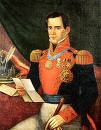

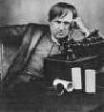










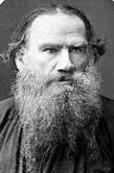


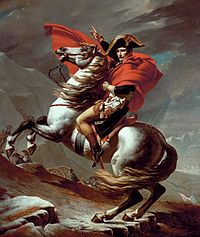




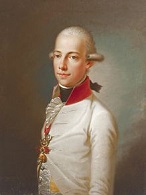




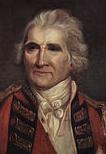









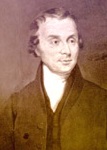
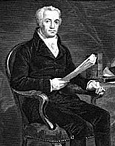
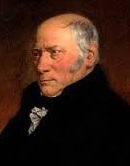








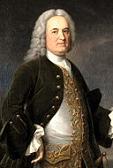








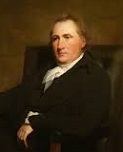
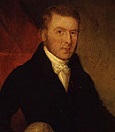
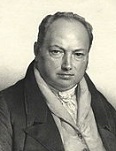


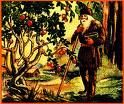

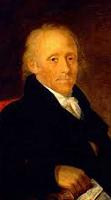
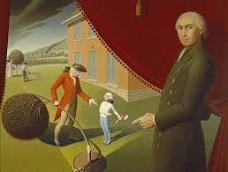
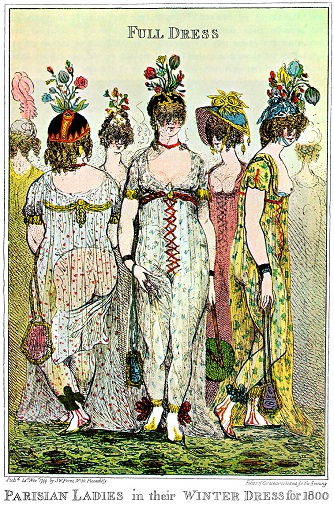


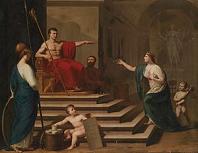


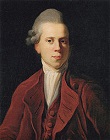
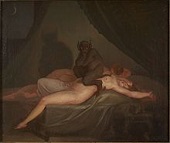

1800 Jan. 1, 1800 falls on Wednesday, so this is a Mercury (Woden) Century. World pop. exceeds 1B (one billion) for the 1st time; India: 200M, China: 275M (460M in 1960), Russia (minus Finland): 31M, France (boundaries of 1819-46): 27.8M, Germany: 27M, Italy (boundaries of 1910): 16.9M, Spain: 10.5M, Britain: 10.4M (U.K.: 15M), Prussia (boundaries of 1846): 8.9M; Belgium: 2.96M, Holland: 1.8M, Sweden: 2.3M, Norway: 1.0M; Africa: 107M. Pop. of cities: Beijing: 1M; London: 860K, Paris: 550K, Vienna: 230K, Berlin: 180K, Washington D.C.: 2,464 free plus 623 slave (8K total in the immediate area); there is only one city with a pop. of 1M+, which grows to ? by 2010. The Second (2nd) U.S. Census reports the total pop. as 5,308,483 (35.1% increase) (6.1 per sq. mi.); whites 81.1%; blacks 1,002,037 (18.9%); pop. of New York City: 30K-60K, beginning to double in size every 10 years; 85% of the U.S. labor force works in agriculture; blacks are now completely locked into the American institutional slavery system, their skin color being a badge of inferiority; life expectancy in W Europe is 40 years, and the potato-fed pop. has increased in all its nations from 50%-100% since 1730, with the boom in premarital sexual intercourse since 1780 making a big prick. World Economic Growth jumps from 0% to 2% per annum for the first time in known history, making the modern world possible? This year forests cover 96% of Ohio; by 1900 it's only 25%. By the end of this decade the British cotton industry employs 90K factory workers and 184K handloom weavers. Napoleon Bonaparte (1769-1821) establishes himself as First Consul in the Tuileries, and appoints a commission of jurors to combine all French civil laws into the patriarchial Code Napoleon (1804-10), to go into effect on Mar. 21, 1804, with Jean Jacques Regis, duc de Cambaceres, author of the Projet de Code Civil as 2nd consul; women have no political rights, and divorce with alimony is reserved to worn-out bitches, er, wives over 45 who have been married at least 20 years; the tradition of impartible inheritance is ended, contributing to low birthrates as families seek to pass land on intact; Chateau de Malmaison 7 mi. W of Paris on the Seine River, home of Napoleon and Josephine since 1799 becomes with the Tuileries the HQ of the French govt. (until 1802); Nappy allegedly orders people to drive on the right side of the road - if he can do that, he can get away with anything? On Jan. 20 Napoleon's sister Maria Annunziata Carolina Bonaparte (1782-1839) marries natty dresser Joachim Murat (1767-1815), making him Nappy's brother-in-law - well la-di-da? On Jan. 24 the Convention of al-Arish provides for safe return of French troops from Egypt, with the Ottomans paying for their redeployment, while remaining in control of the Ionian Islands; too bad, British Mediterranean CIC adm. Lord Keith doesn't accept the convention. In Jan. French economist Pierre Samuel du Pont de Nemours (1739-1817), his two sons Victor Marie du Pont (1767-1827) (a diplomat) and Eleuthere Irenee (Eleuthère Irénée) du Pont (1771-1834) (a gunpowder manufacturer) and their families arrive in Newport, R.I. from France - a better gift than the Statue of Liberty? In Jan. Thomas Bruce, 7th Earl of Elgin (1766-1841) establishes his British embassy in Constantinople, where he is ambassador to Turkey from 1799-1802; in July he sends a team to Athens to see if they can carry away the Elgin Marbles (marble sculptures by Phidias) from the Parthenon to avoid probable destruction by the Turks; by July 6 the Sultan of Constantinople at Lord Elgin's request issues written orders to his officers in Athens for cooperation with Giovanni Lusieri in removing sculptures from the "pagan" Parthenon; in 1806 they are shipped to England, then acquired by the British Museum in 1816, where they become a thorn in Britain's side to the present day. On Feb. 17 the Law of 28 Pluviose centralizes the French admin., with local govt. in the hands of centrally-appointed prefects and subprefects. On Mar. 14 Jesuit-friendly Luigi Barnab a Chiaramonte is elected Pope (#251) Pius VII (1740-1823) (until Aug. 20, 1823). On Mar. 20 the 10K French under Gen. Kleber win a crushing V over the 40K-man Ottoman army in a surprise dawn attack in the Battle of Heliopolis (NE of Cairo); meanwhile the Egyptians revolt, causing Kleber to siege Cairo, taking it on Aug. 21; on June 14 after recognizing Murad Bey as ruler of Upper Egypt, Kleber (b. 1753) is assassinated, and is succeeded by French gen. Jacques-Francois de Menou (until Aug. 30, 1801), who tries to establish a permanent French occupation of Egypt, starting with tax reforms. On Apr. 21 New Hanover County, N.C.-born 4'5" Alfred Moore (1755-1810) becomes U.S. Supreme Court justice #12 (until Jan. 26, 1804) to replace James Iredell (1790-99) (who died suddenly in office), becoming the 2nd justice from N.C. and the shortest justice (until ?); too bad, he suffers from poor health and doesn't do much except render an opinion that France is an enemy of the U.S. On Apr. 24 the U.S. Congress passes a bill transfering the seat of the U.S. federal govt. from Philly to the new capital city of Washington, D.C., and establishing the Library of Congress, funded by a $5K appropriation to order 740 books and three maps from London which are initially housed in a boarding house, then the U.S. Capitol. On Apr. 27 Napoleon grants a gen. amnesty to all but 1K of the 150K French who emigrated during the French Rev., allowing English exile Francois-Rene de Chateaubriand to return in May, becoming ed. of the Mercure de France. On May 3 the Second Battle of Stockach (Battle of Stockach and Engen) is a V for the French under gen. Claude Jacques Lecourbe (1759-1815) over the Austrians under Prince Joseph of Lorraine-Vaudemont (1759-1812). On May 7 the W part of the Northwest Territory (Illinois) becomes a part of Indiana Territory, with Gen. William Henry Harrison as its first gov., and capital at Vincennes (until 1813); Territorial Hall is built, becoming the first capitol, and in 1804 the William Henry Harrison Mansion is built. On May 13 Mass. Federalist Sen. (since 1799) Samuel Dexter (1761-1816), who wrote the memorial eulogy to George Washington last year becomes U.S. war secy. #4 (until Jan. 31, 1801), going on to urge Congress to appoint and compensate more field officers for gen. staff duty. In May Napoleon begins his incredible March Across the Alps, crossing St. Bernard Pass with 40K men to attack the Austrian flank and recapture Milan - where's the doggies? On May 23 a British fleet with 20K troops under Lt. Gen. Sir Ralph Abercrombie (Abercromby) (1734-1801) attacks Monaco. In May a Federalist congressional caucus nominates John Adams for pres. and XYZ-Affair man Charles Cotesworth Pinckney of S.C. for vice-pres.; in Oct. Alexander Hamilton declares that Adams is temperamentally unfit to be pres., accusing him of being a "gross hypocrite" for his abuses of power with the Alien and Sedition Acts, and an "egregious fool"; in May the Repub. caucus selects Thomas Jefferson for pres. and Aaron Burr for vice-pres.; Burr has just managed the election of a Repub. majority to the New York legislature, wrapping up all of that state's electoral votes; the first true U.S. pres. campaign, birthing the 2-party system; too bad, the election gets nastier (the nastiest pres. election ever?) when Jefferson is called an atheist and a Jacobin; Adams dismisses the three disloyal (pro-Hamilton) members of his cabinet; the election is so momentous that Jefferson dubs it "America's second revolution"; the beginning of America's 24-Year Itch Cycle, when populists arise and shake the system up, incl. Andrew Jackson (1824), the Whigs (1852), Samuel Tilden (1876), William Jennings Bryan (1896), Warren G. Harding (1920), GOP takeover of Congress (1946), George Wallace (1968), Ross Perot (1992), and Donald Trump and Bernie Sanders (2016). On June 4 Genoa surrenders to Austria after experiencing a horrible famine - tella me whena? On June 14 Napoleon's army defeats Austria and its allies under Transylvanian-born Austrian field marshal (of Greek descent) Michael Friedrich Benedikt, Baron von Melas (1729-1806) at the Battle of Marengo near Alessandria in the Piedmont (NW Italy S of Turin); it seems lost for the French until Marshal Louis Charles Antoine Desaix (b. 1768) risks his marengos to save the day with a charge, and is KIA; Napoleon names his short (14.1 hand) gray Arabian warhorse Marengo (1793-1831) after the battle; Napoleon's chef Dunand invents yummy Chicken Marengo (chicken, garlic, tomatoes, white wine and cognac with crayfish and fried eggs on the side) after the battle, and Napoleon orders it served henceforth after every battle, going on to conquer Italy. On June 19 the French army of the Rhine under gen. Jean Victor Marie Moreau (1761-1813) defeats the Austrians under Paul (Pal) Kray von Krajowa (1735-1804) at the Second Battle of Hochstadt (Höchstädt) (an der Donau) (first 1703) on the N bank of the Danube River NE of Ulm. In the summer George III's unwed (thanks to his insanity scaring off suitors) 5th daughter Princess Sophia (1777-1848) is the butt of rumors that she gave birth to an illegitimate child by Thomas Garth, an equerry of the king, or that she was raped by her unpopular elder brother the duke of Cum, er, Cumberland. On July 2 after British PM William Pitt the Younger spreads the money and patronage around, the Acts of Union, sponsored by ruction-crushing Viscount Castlereagh are enacted, uniting Great Britain with Ireland as the United Kingdom (U.K.), effective next Jan. 1. In July Pope Pius VII enters Rome after Napoleon makes an agreement with the Spanish monarchy that ensures the survival of the Bourbons in Naples and the pope in Rome; Puccini's Jan. 14, 1900 opera Tosca is set on noon June 17 and dawn of June 18 of this year; meanwhile Lord Nelson is created duke of Bronte (Bronté) by the king of Naples, and returns to England, getting in trouble with his wife Frances Nisbet for his affair with Lady Hamilton, ending in separation next year. In July the French army of the Rhine under Gen. Jean Victor Moreau takes Munich. In July a Danish convoy led by the frigate Freya refuses to allow British warships to search a convoy; the British force the Danish to surrender and to give up their armed convoy policy by later sending a large fleet to the Copenhagen Roads; Denmark joins the League of Armed Neutrality (Russia, Sweden, Netherlands, Prussia); Tsar Paul I orders all British ships in Russian harbors seized. In July the Am. privateer Mary, captained by Gamaliel Bradford (1768-1824) routs four French privateers at Gibraltar, although Bradford loses a leg. On Aug. 21 the U.S. Marine Band (founded 1798) gives its first concert near the future site of the Lincoln Memorial. In Aug. the French offer Britain a naval armistice, causing the Brits to think about it and then decide to expel the French from Egypt. On Sept. 5 the British capture Valetta and occupy Malta, ending French occupation, then unsuccessfully siege Cadiz, after which they begin planning an assault on Egypt in conjunction with the Ottomans and a British force from India. On Sept. 30 the Treaty of Mortefontaine (Convention of 1800) is signed by Napoleon's new govt. and the U.S., influenced by George Washington's Farewell Address, with France agreeing to cancel the vexatious treaties in exchange for the U.S. dropping its bothersome financial claims and paying the claims to its own citizens arising out of the undeclared naval war with France, ending the undeclared Quasi-War (begun 1798) along with the formal treaty of alliance between the two countries and all alliances with foreign countries for the next cent., although news doesn't reach the U.S. until after the election in which Adams goes down; George Washington sleeps soundly in his grave now that the U.S. is pulling out of foreign entanglements permanently?; "I desire no other inscription over my gravestone than: Here lies John Adams, who upon himself took sole responsibility of the peace with France in the year 1800" (John Adams). In Sept. the sloop USS George Washington, commanded by William Bainbridge (1774-1833) becomes the first U.S. Navy ship to enter the Mediterranean after being ordered to bring $500K worth of tribute (jizya) to the dey of Algiers. On Oct. 1 under pressure from Napoleon, Spain cedes Louisiana (La.) (held since 1669) to France by the secret Third Treaty of San Ildefonso (1777, 1796), with France to take control in Nov. 1803, and Spain gaining Tuscany; the treaty also settles territorial disputes between Portugal and Spain over the Rio de Plata region; too bad, it doesn't specify the boundaries of La., causing difficulties during the 1803 Louisiana Purchase. On Oct. 7 Va. slave revolt leader and Richmond blacksmith Gabriel Prosser (b. 1776) is hanged after he and his preacher brother Martin are prevented by a storm from using assembled slaves for an attack on Richmond with the intent to kill all whites except Quakers and Methodists. On Nov. 1 as the U.S. federal govt. moves to Washington, D.C. from Philly, Pres. John Adams and First Lady Abigail Adams move into the 132-room 14-acre Georgian mansion President's House (White House), where fires have to be constantly set to heat the cold rooms, and White House hostess #1 Abigail Adams uses one of the rooms for laundry; on Nov. 2 John writes to her, "I pray Heaven to bestow the best of blessings on this house and on all that shall hereafter inhabit it. May none but honest and wise men ever rule under this roof" - will he settle for one out of two? On Nov. 17 after 10 years in Philly the Sixth U.S. Congress (Mar. 4, 1799-Mar. 4, 1801) convenes for the first time in Washington, D.C. in the partially completed U.S. Capitol bldg. On Dec. 3 the Battle of Hohenlinden in Bavaria 20 mi. from Munich is a decisive V for the French under Gen. Jean Victor Moreau over the Austrians under 18-y.-o. Archduke John (1782-1859) (who had replaced Archduke Charles), causing the collapse of the Second Coalition. On Dec. 12 Washington, D.C. is officially established as the capital of the U.S.; its pop. is 14,093 incl. 10,066 whites and 4,027 blacks (783 free, 3,244 slave). On Dec. 28 after trying in vain to get Russia to protect it, E Georgian king George XII (b. 1746) dies, and the kingdom of Georgia is absorbed by Russia, and the royal family deported. On Dec. 31 after a mean press campaign which falsely accuses him of setting fire to the State Dept. bldg., Oliver Wolcott Jr. resigns. In Dec. in Va. Martha Washington sets all her slaves free, except for some co-owned by relatives. U.S. secy. of state (since 1795) Timothy Pickering is fired by Pres. Adams for opposing his views, and returns to Mass., where he becomes a leader of the ultra-Federalists; John Marshall is appointed U.S. secy. of state (until 1801). The British annex the Indian Carnatic State in Madras between the Eastern Ghats and the Coromandel Coast, ruled by the nawab of Arcot. The U.S. Harrison Land Act of 1800 provides for sale of lands in the territory NW of the Ohio River above the mouth of the Kentucky River; it keeps the price of federal govt. land at $2 per acre, but gives four years to pay, so that one can get a 320-acre farm for a down payment of $160. Chongjo dies, and his 10-y.-o. son Sunjo (1790-1834) becomes Yi king of Joseon (Korea) #23 (until 1834), with his mother as queen regent, immediately issuing an edict declaring adherence to the "evil learning" of Christianity to be tantamount to treason. With British backing, Zaman Shah is captured and blinded by his brother Mahmud Shah Durrani (1769-1829), who becomes ruler of Afghanistan next year (until 1803, then 1809-18), facing family civil war, while vizier Fateh Khan Barakzai (-1818), eldest son of Barakzay clan head Sardar Payinda (Payenda) Khan and grandson of Jamil Khan Barakzay directs state affairs. About this time Gatlinburg, Tenn. 39 mi. SE of Knoxville at the border of the modern-day Great Smoky Mts. Nat. Park is founded by William Ogle (1751-1803) of Edgefield, S.C., who dies of malaria; in 1856 after a U.S. post office is established in his store, the town is named for Ratford Gatlin (1798-1880), who sides with the Confederates and is forced to leave in 1859. French immigrant Martin Fugate settles in Troublesome Creek, Ky., giving his descendants the rare blood condition methemoglobinemia, which turns their skin blue; by 1960 six generations of inbreeding spreads to the entire pop. The Church of the United Brethren in Christ is founded in Huntington, Ind. by Martin Boehm (1725-1812) and Philip William Otterbein (1726-1813) from United Brethren churches, becoming the first Am. denomination not transplanted from Europe, becoming a forerunner of the United Methodist Church. Jean Baptiste Pointe du Sable, pioneer trader and founder of the village that became Chicago sells his holdings and moves to a Missouri farm. The city of Johnstown, Penn. (modern-day pop. 21K/140K) on the Conemaugh River at its confluence with Stony Creek 75 mi. SE of Pittsburgh is founded as Schantzstadt by Swiss German settler Joseph Schantz Johns (Jahns) Sr. (1749-1813), becoming a coal and iron ore mining center for Tunkers (Germ. "tunken" = to dip), located at the head of the W branch of the Penn. Main Line Canal; not to be confused with Johnstown, N.Y. - johnson jokes here? The fortifications of pesky Cuneo in the Piedmont of N Italy 55 mi. S of Turin are demolished by the French. The British secure an area from the sultan of Kedah in the Malay Peninsula and name it Wellesley Province. Early in this cent. non-rhotic speech (pronouncing hard like hahd) takes off in S England among the upper and upper-middle classes, spreading throughout England becoming the Received (BBC) Pronunciation while infecting SE U.S. port cities with close trading ties incl. Boston, Charleston, Richmond, and Savannah. Early in this cent. the town of Gravesend in Brooklyn, N.Y builds the Shell Road to Coney Island, a sand bar on the S shore of Long Island, separated by Coney Island Creek. Extreme Makeover, Industrial Edition? British industrialist Robert Owen (1771-1858) takes over the mills in New Lanark, Scotland (below the falls of the Clyde River in S Scotland, 1 mi. S of the Lanarkshire county seat of Lanark), and sets up a utopian socialist community. Swedenborgian missionary John Chapman (Johnny Appleseed) (1774-1845) begins planting orchards across W Penn., Ind., and Ohio from seed - bon appetit indeed? Lieven Bauwens (1769-1822) steals a spinning "mule jenny" machine from Britain and smuggles it to Ghent, Belgium, which becomes the Manchester of the Continent; meanwhile pissed-off Britain sentences him to death. By now New Orleans, La. boasts the wealthiest and most prominent free black pop. in the U.S. The Icelandic Althing is abolished by the Danish king (reestablished 1843) - is it suffering from Althinger's Disease? Middlebury College in Vt. is founded; it goes coed in 1883. In Sweden eccentric Count Balthazar Von Platen builds the Gut Canal. In this decade yellow fever kills tens of thousands in S Spain. In this decade chiefdoms arise in the SE African coast among the Nguni-speakers, which eventually coalesce into the Zulu state. Benjamin Thompson (Count Rumford) founds the Royal Institution of Great Britain to diffuse technical and scientific knowledge, becoming the oldest independent research body to survive to modern times. Downing College at Cambridge U. is founded after a long legal battle with the widow of Sir George Downing, 3rd Baronet (1685-1749), becoming the first college added since 1596 (next in 1869); "the oldest of the new colleges and newest of the old"; alumni incl. John Hopkins, John Cleese, and Trevor Nunn. In this cent. European immigrants to Argentina, Uruguay, and the Rio Grande do Sul region of S Brazil begin raising cattle and sheep, developing the horseback cowboy Gaucho Culture of "4-hoofed vegetarians" - churrasco, rodizio, mate, chimarrao - all pack a punch, buddy? About this time French aristocrats begin their Guillotine Grudge Fashion Fad, dressing up in ripped corsets and blood red chokers to suggest rushing to avoid arrest, while cropping and tangling their locks in guillotine haircuts to suggest a severed head; after Napoleon crowns himself emperor in 1804, the fad ends in an explosion of French nationalism. In this cent. wigs go out, and men in Europe and the U.S. usually wear their hair short; beards come back into style in Europe for men until WWI; in the first part of the cent. women wear their hair in ringlets falling to the sides of the head then gathered around the back of the head with a ribbon, but by mid-cent. the chignon style becomes popular. Grossglockner in the Austrian Alps is first successfully scaled. A letter post is introduced in Berlin. The Royal College of Surgeons of England in London is founded from the Co. of Surgeons (founded 1745); meanwhile Scottish surgeon James Gregory (1753-1821) attacks the system excluding younger fellows of the Royal College of Surgeons of Edinburgh from the rotation at the Royal Infirmary, causing Scottish surgeon John Bell (1763-1820) to pub. Answer for the Junior Members, and in 1809 Gregory is kicked out of the college for pub. its private proceedings. About this time European academies of art led by the Academie des Beaux-Arts in France began trying to synthesize the line of Neoclassicism with the color of Romanticism, founding Academicism. Popular and vain German composer-pianist Daniel Steibelt (1765-1823) arrives in Vienna on tour, and challenges Ludwig von Beethoven to a play-off at the house of the Count von Fries, where Big Beet humiliates him by improvising from a music sheet placed upside down on the rack, after which he quits his tour and ends up in Russia in 1808 where they haven't heard the story? - take the great outdoors, add the passion of an outdoor cycle? The name "pumpernickel" is coined about this time by Napoleon's troops from "Pain pour Nicoll", his favorite horse, who always gets bread even when the troops are starving. Shunga (Jap. "images of spring"), erotic color woodcut prints begin to be made in Japan, becoming popular - somewhere in the night I'll shine a light on you? Globe Town E of Bethnal Green, London is established for the growing pop. of weavers, which triples by 1831, with 20K looms operated in homes; too bad, in 1824 restrictions on importation of French silks are relaxed, causing half of the looms to become idle, and workers to switch to boot, furniture, and clothing manufacture. In this cent. Erlangen, Germany (Bavaria) becomes the HQ of the Erlangen Theologians, followers of Friedrich von Schelling and Friedrich Schleiermacher, also the home of philosopher Johann Gottlieb Fichte - I'd rather see a Can-Can? Italian poet Vincenzo Monti (1754-1828), who started out with the poem La Musogonia calling on the Austrians to take up arms against the French, then wrote Canzona upon the Congress of Udine as a salute to Napoleon, which causes him to have to leave Italy for France when the Austrians invade this year, triumphantly returns to Italy after the Battle of Marengo, going on to compose yet another poem, Bella Italia, Amate Sponde (pub. 1802) - back when poets had mojo? In this cent. the Whippet breed of sight-hunting hound is created in England from the English and Italian greyhounds and various terrier breeds, becoming the 2nd fastest domestic animal after the Weimaraner, with speeds of 35 mph - whippet how? The Rodrigues Solitaire (relative of the Dodo) becomes extinct. Early in this cent. the soybean is first grown in Philadelphia, Penn. Sports: Black ex-slave Bill Richmond (1763-1829) becomes a popular boxer - everybody should own one? Early in this cent. Soccer (Football) ("footie") becomes popular in England, spreading throughout the British Empire by the end of the cent. In this decade the frontier sport of gouging an opponent's eyes out with the thumbnail reaches its peak of popularity in the Ohio Valley. Early in this cent. the Romantic period in ballet begins; women begin to dance on their toes to suggest going into a supernatural world. Architecture: On June 4 the White House in Washington, D.C. is completed; in Nov. the U.S. Senate relocates from Philly to Washington, D.C., holding sessions in the North Wing of the U.S. Capitol (begun 1793), which is completed in early 1805, housing both houses of Congress, the Supreme Court, and the Library of Congress. The Rijksmuseum (State Museum) is founded in The Hague, Netherlands, moving to Amsterdam in 1808; a new bldg. designed by Pierre Cuypers opens in 1885; on Apr. 13, 2013 after a 10-year renovation it is reopened by Queen Beatrix as one of her last acts before abdicating, becoming the most-visited museum in the Netherlands (2M+ visitors/year). The African Methodist Episcopal Zion Church in New York City is dedicated on Sept. 7. Early in this cent. the English Parliament finances the construction of the largest system of enclosed docks in the world to relieve the congestion in the port of London, resulting in the construction of the Surrey Commercial Docks, the London Dock, and the West and East India Docks. The 41-mi. Simplon Road over the Alps from Brig, Switzerland to Domodossola, Italy is begun (finished 1807), requiring 611 bridges. Inventions: About this time the term "bogus" is coined for a counterfeiting machine, evolving to mean the counterfeit money itself, then anything phony. Am. inventor Robert Fulton (1765-1815) builds the steam-powered metal-clad submarine Nautilus, and tests a 20-ft. model of it on the Seine at Brest, making two 20-min. dives himself, becoming the first practical submarine. About this year Henry Maudslay (1771-1831) of England, apprentice of Joseph Braham invents the slide rest for the metal lathe to manufacture std. screw thread sizes, allowing interchangeable parts and mass production, becoming known as "the Father of Machine Tool Technology". Spoiled 15-y.-o. French creole New Orleans nobleman Bernard Xavier Philippe de Marigny de Mandeville (1785-1868), who was sent to England by his father to straighten him out returns even more spoiled on his daddy's death, bringing the dice game of Craps (Fr. "Crapaud" = toad, what the players look like as they squat over the dice) to New Orleans after seeing the variation called Hazard played in England; the nickname for a Creole is "Johnny Crapaud". English Liberal statesman-scientist Charles Stanhope, 3rd Earl Stanhope (1753-1816) of England develops the first all-iron printing press. On Feb. 22 the first light-pressure steam engine railway locomotive, built by Cornwall-born Richard Trevithick (1771-1833) is test-driven in Wales; in 1801 he builds the first high-pressure road locomotive. In this cent. the Mouldboard plough is introduced in Europe, allowing soil to be turned to bring nutrients to the surface in less fertile land. Science: About this time French surgeon Bernard Peyrilhe (1737-1804) becomes the first to experimentally transmit cancer to an animal by injecting breast cancer cells, claiming that breast cancer is spread via the lymphatics, and advocating total mastetctomy incl. the auxiliary lymph nodes the pectoralis major muscle. Karl Friedrich Burdach (1776-1847) coins the term "biology". German physician Franz Joseph (Josef) Gall (1758-1828) develops cranioscopy, the measurement of the skull, which is later renamed Phrenology by his student Johann Spurzheim (1776-1832), who also demonstrates the fibrous structure of the brain; too bad, phrenologists go to far and claim to know all about a person from the bumps on their noggin. German-born English astronomer Sir Frederick William Herschel (1738-1822) discovers Infrared Light (beyond the red end of the spectrum) using prisms and thermometers on solar rays; he also discovers a connection between 11-year sunspot cycles and wheat prices, becoming the first theory of economic cycles. About this time Napleon's field surgeon Jacques Lisfranc de St. Martin (1790-1847) notices that soldiers who are thrown from their horse and get their foot caught in the stirrup often have to have their forefoot amputated at a specific joint which becomes known as the Lisfranc Joint. In the first decade of the 19th cent. Science makes great leaps in the concepts of Thematic Cartography, Statistical Graphing, and Data Visualization; coordinate paper is first used in pub. research (graph of barometric variations) by English industrial chemist Luke Howard (1772-1864), who makes comprehensive recordings of London weather in 1801-41; in 1801 the first Pie Chart and Circle Graph are pub. in London in "Statistical Breviary" by Scottish engineer-economist William Playfair (1759-1823), who in 1786 pub. "The Commercial and Political Atlas" in London, containing the first Bar Chart; in 1801 William "Strata" Smith (1769-1839) of England pub. "the map that changed the world", the first Geological Map (of England), founding the science of Stratigraphic Geology (Stratigraphy); too bad, the establishment ignores him, his work is plagiarized, and he ends up in debtors' prison. German (Prussian) geographer-explorer Baron Friedrich Wilhelm Heinrich Alexander von Humboldt (1769-1859) after launching an exploration of South Am. in 1799 (ends 1804) proposes that South Am. had once been joined with Africa, becoming the first person to describe anthropogenic climate change - just look how Brazil fits into the Gulf of Guinea? Nonfiction: Edmund Burke (1729-97), Thoughts and Details on Scarcity, Originally Presented to the Right Hon. William Pitt, in the month of November, 1795 (posth.); written in opposition to a proposed bill to provide a min. wage for agricultural workers, claiming that private charity rather than the state should alleviate the suffering of the poor, and that laws of commerce were the laws of God, with the exceptions being "That the State ought to confine itself to what regards the State, or the creatures of the State, namely, the exterior establishment of its religion; its magistracy; its revenue; its military force by sea and land; the corporations that owe their existence to its fiat; in a word, to every thing that is truly and properly public, to the public peace, to the public safety, to the public order, to the public prosperity." Georges Cuvier (1769-1832), Mémoires sur les espèces d'éléphants vivants et fossiles; his paper first presnted in Apr. 1796 at the Nat. Inst., comparing skeletons of Indian and African elephants, and mastodons ("the Ohio animal"), which he concludes are all different species, the latter extinct; in 1806 he coins the name "mastodon". Humphry Davy (1778-1829), Researches, Chemical and Philosophical, Concerning Nitrous Oxide. Johann Gottlieb Fichte (1762-1814), Der Geschlossene Handelsstaat. Arnold Heeren (1760-1842), European Political Systems. Friedrich von Schelling (1775-1854), System des Transzendentalen Idealismus (System of Transcendental Idealism) - every stranger, every rival, every lover, everyone we touch, everything is connected? Madame de Stael (1766-1817), On Literature Considered in its Relationship to Social Institutions. Parson Mason Locke Weems (1759-1825), The Life and Memorable Actions of George Washington; by a traveling Episcopalian minister and bookseller who lived since 1795 in Dumfries, Va. near Pohick Church in Truro Parish,Lorton, Va., which GW and his father attended in pre-Am. Rev. days, claiming to preach at it after GW's 1799 death; a bestseller, turning GW into "Washington, the hero, and the Demigod", "the friend and benefactor of men", "the Jupiter, Conservator of the Empire", a paragon of moral virtues who liked to pray during the winter at Valley Forge, and who as a 6-y.-o. boy chops down (actually, barks it without killing it) a cherry tree at his father Augustin's Ferry Farm then utters the immortal soundbyte to him: "I cannot tell a lie, I did it with my little hatchet"; the cherry tree story doesn't appear until the 1806 5th ed., and Weems claimed he heard it from a female cousin of Washington 20 years earlier; the 9th ed. (1809) contains all the anecdotes; goes through 29 eds. by the time he dies in 1825, getting picked up by the popular "McGuffey Reader" used by schoolchildren, after which Washington's Feb. 22 birthday is celebrated with cherry dishes after the cherry is claimed to be a favorite of his; in 1896 Woodrow Wilson's "George Washington: A Profile" calls it a fabrication, after which almost all Am. historians follow suit; too bad, an old cherry tree is found growing in Ferry Farm in 1926, which is claimed to be the one, and further research indicates that the story might be true. Music: Ludwig van Beethoven (1770-1827), Symphony No. 1 in C major, Op. 21 (1799-1800) (Vienna) (Apr. 2). Francois-Adrien Boieldieu (1775-1834), Le Calife de Bagdad (comic opera) (Paris). Luigi Cherubini (1760-1842), Les Deux Journees, ou Le Porteur d'Eau (The Two Days, or The Water Carrier) (Jan. 16) (Theatre Feydeau, Paris); libretto by Jean-Nicolas Bouilly; his greatest hit; the score is kept at his desk by Beethoven while composing "Fidelio"; too bad, Napoleon thinks he's too complex (smelling a rat when the action is set in 1647 but smells like the French Rev.), allowing younger composers such as Francois-Adrien Boieldieu (1775-1834) to begin passing him up. Carl Maria von Weber (1786-1826), Waldmadchen (opera) (Freiburg) (Nov. 24). Art: Nicolai Abraham Abildgaard (1743-1809), Nightmare; nude version of Henry Fuseli's "The Nightmare" (1781). Francesco Alberi (1765-1836), Napoleon as Liberator of Italy. Jacques-Louis David (1748-1825), Madame Recamier. Francisco de Goya (1746-1828), The Naked Maja; followed in 1803 by The Clothed Maja; allegedly posed by his dream girl the Duchess of Alba, becoming the 2nd time a famous Spanish painter dares to paint an indentifiable woman in the nude; when Spain puts it on postage stamps, the U.S. govt. forbids its entry for obscenity until 1930; he hides the nude one behind the clothed one in his home, with a pulley mechanism. John Hoppner (1758-1810), Miss Mary Linwood. Johann Christian Reinhart (1761-1847), The History Painter, Caricature. Plays: Frederick Howard, 5th Earl of Carlisle (1748-1825), The Stepmother (tragedy). Thomas Morton (1764-1838), Speed the Plow (comedy); introduces Mrs. Grundy. Johann Christoph Friedrich von Schiller (1759-1805), Maria Stuart (Mannheim). Poetry: Thomas Campbell (1777-1844), Hohenlinden; "Few, few, shall part where many meet/ The snow shall be their winding-sheet/ And every turf beneath their feet/ Shall be a soldier's sepulcher". James Hogg (1770-1835), Donald M'Donald (debut); pub. anon. Louis-Jean Nepomucene Lemercier (1771-1840), The Pinto; the 1640 Portuguese Rev.; turns his friend Napoleon against him, causing his career to tank. Novalis (1772-1801), Hymns to the Night (Hymnen an die Nacht); about his dead love babe. Samuel Woodworth (1784-1842), New-Haven William Wordsworth (1770-1850), The Brothers; Michael; the house called Evening Store. William Wordsworth (1770-1850) and Samuel Taylor Coleridge (1772-1834), Lyrical Ballads (2nd ed.) (1st ed. in 1798); contains a Preface by Wordsworth defending his conception of poetry as needing to be based on everyday life and people instead of pure intellect, pissing-off the critics. Novels: Clemens Brentano (1778-1842), Satiren und Poetische Spiele. Maria Edgeworth (1767-1849), Castle Rackrent (first novel) (Gothic); the first historical novel, the first regional novel in England, the first Anglo-Irishnovel, the first Big House novel, the first saga novel, and the first to use the device of an unreliable narrator. Elizabeth Hamilton (1756-1816), Memoirs of Modern Philosophers; satirical novel. Jean Paul (1763-1825), Titan (1800-3); his masterpiece? Christoph Martin Wieland (1733-1813), Aristipp und Einige Seiner Zeitgenossen (1800-2). Births: Am. Unitarian-Universalist writer-ed. Thomas Whittemore (d. 1861) on Jan. 1 in Boston, Mass. U.S. Whig pres. #13 (1853-7) and vice-pres. #12 (1849-53) Millard Fillmore (OE "very famous") (d. 1874) on Jan. 7 in Summerhill (Locke), Cayuga County, N.Y.; 2nd U.S. pres. to not be elected; first U.S. pres. born in the 1800s (next is Pierce in 1804); born in poverty in a log cabin, he starts out a boy farm worker, then a clothmaker's apprentice at age 15, then a school teacher before becoming an atty. and entering politics. Hungarian dynamo and electric motor inventor Anyos Jedlik (d. 1895) on Jan. 11 in Szimo. Am. Dem.-Repub./Whig politician and U.S. atty. gen. #24 (1853-7) Caleb Cushing (d. 1879) on Jan. 17 in Salisbury, Mass.; educated at Harvard U. English social reformer (Britain's first public health reformer) Edwin Chadwick (OE "fighter's settlement") (d. 1890) on Jan. 24 in Longsight, Manchester; knighted in 1889. German Neues Museum Prussian architect Friedrich August Stueler (Stüler) (d 1865) on Jan. 28 in Muehlhausen; student of Karl Friedrich Schinkel. Brian Houghton Hodgson (d. 1894) on Feb. 1 (1801?) in Presbury, Cheshire. Austrian Nazarene painter Joseph (Josef Ritter) von Fuhrich (Führich) (d. 1876) on Feb. 9 in Kratzau, Bohemia. Am. Mormon leader Hyrum Smith (d. 1844) on Feb. 9 in Turnbridge, Vt.; elder brother of Joseph Smith Jr. (1805-44); educated at Dartmouth College. English photography pioneer William Henry Fox Talbot (d. 1877) (AKA Henry F. Talbot) on Feb. 11 in Melbury, Dorset; educated at Harrow School, and Trinity College, Cambridge U. Am. inventor James Bogardus (d. 1874) on Mar. 14 in Catskill, N.Y.; pioneer in cast-iron architecture. Japanese emperor #120 (1817-46) Ninko (Ayahito) (d. 1846) on Mar. 16; 6th son of Kokau (1771-1840). English polar explorer Sir James Clark Ross (d. 1862) on Apr. 15 in London; nephew of Sir John Ross (1777-1856). British field marshal (Light Brigade cmdr.) George Charles Bingham, 3rd Earl of Lucan (d. 1888) on Apr. 16 in London; eldest son of the 2nd earl of Lucan; educated at Westminster School. Scottish publisher-politician William Chambers of Glenormiston (d. 1883) on Apr. 16 in Peebles, Peeblesshire; brother of Robert Chambers (1802-71); both are born with six fingers on each hand and six toes on each foot. Scottish Reformed minister-theologian (co-founder of the Campbellites) John McLeod Campbell (d. 1872) on May 4 in Kilninver, Argyllshire; educated at the U. of Glasgow. Am. surprise ending abolitionist John Brown (d. 1859) on May 9 in Torrington, Conn.; erroneously claims to be a descendant of Mayflower settler Peter Browne (1594-1633). Am. "Fruits of Philosophy" atheist physician (birth control advocate) Charles Knowlton (d. 1850) on May 10 in Templeton, Mass. Anglo-Irish astronomer and telescope builder William Parsons, 3rd Earl of Rosse (d. 1867) on June 17 in York, Yorkshire; educated at Magdalen College, Oxford U. French organic chemist Jean Baptiste Andre Dumas (d. 1884) on July 14 in Ales. English "Bradshaw's Guides" cartographer-publisher (Quaker) George Bradshaw (d. 1853) on July 29 in Pendleton, Salford, Lancashire. German #1 chemist ("Father of Modern Organic Chemistry") Friedrich Wohler (Wöhler) (d. 1882) on July 31 in Escherscheim (near Frankfurt-am-Main); one of the top chemists of the 19th cent. Belgian PM (1847-52, 1857-68) Charles Latour Rogier (d. 1885) on Aug. 17 in Saint-Quentin, France. Am. surgeon Willard Parker (d. 1884) on Sept. 2 in Lendeborough, N.H.; educated at Harvard U. Am. "A Treatise on Domestic Economy" educator (kindergarten advocate) Catherine Esther Beecher (d. 1878) on Sept. 6 in East Hampton, N.Y; daughter of Lyman Beecher (1775-1863); sister of Edward Beecher (1803-95), Harriet Beecher Stowe (1811-96), Henry Ward Beecher (1813-87), and Charles Beecher (1815-1900). Am. Civil War Confed. adm. Franklin Buchanan (d. 1874) on Sept. 13 in Baltimore, Md. English patent medicine king Thomas Holloway (d. 1883) on Sept. 22 in Devonport, Plymouth, Devon. Am. McGuffey Readers writer-educator William Holmes McGuffey (d. 1873) on Sept. 23 near Claysville, Washington County, Penn.; grows up in Tuscarawas County, Ohio; educated at Washington College, Penn. English "London Zoo", "Royal Botanic Gardens", "Kew Gardens" architect Decimus Burton (d. 1881) on Sept. 30 in Lancashire; 10th child, duh? Austrian PM (1848-52) Felix Ludwig Johann, Prince of Schwarzenberg (d. 1852) on Oct. 2 in Bohmisch-Krumau (Cesky Krumlov); nephew of Karl Philipp, prince of Schwarzenberg (1771-1819); brother-in-law of Alfred I, prince of Windisch-Gratz (1787-1862) Am. slave rebel leader (black) Nat Turner (d. 1831) on Oct. 2 in Southampton County, Va.; learns to read the Bible at a young age. Am. Navy secy. #17 (1845-6) and diplomat-historian-educator ("Father of American History") George Bancroft (d. 1891) on Oct. 3 in Worcester, Mass.; educated at Harvard U., Hedelberg U., Gottingen U., and Berlin U. Colombian statesman gen. Pedro Alcantara Herran Martínez de Zaldua (Pedro Alcántara Herrán Martínez de Zaldúa) (d. 1872) on Oct. 18 in Bogota. English Whig war secy. (1839-41), paymaster-gen. (1946-8) abolitionist historian-statesman-essayist Thomas Babington Macaulay, 1st Baron Macaulay of Rothley (d. 1859) on Oct. 25 in Rothley Temple, Leicestershire; created baron in 1857; maternal uncle of Sir George Trevelyan (1838-1928). Prussian field marshal Count Helmuth Karl Bernhard von Moltke the Elder (d. 1891) on Oct. 26; uncle of Prussian gen. Count Helmuth Johannes Ludwig von Moltke (1848-1916). Am. abolitionist Spencer Method penmanship teacher (first public teetotaller in the U.S. in 1832?) Platt Rogers Spencer (d. 1864) on Nov. 7 in East Fishkill, N.Y.; founder of the flat, er, rounded, well-formed Spencerian penmanship cursive handwriting style. Anglo-Irish Plymouth Brethren evangelist ("Founder of Modern Dispensationalism") John Nelson Darby (d. 1882) on Nov. 18 in Westminster, London; educated at Westminster School, and Trinity College, Dublin. Hungarian poet-dramatist Mihaly Vorosmarty (Mihály Vörösmarty) (d. 1855) on Dec. 1 in Puszta-Nyek (Kapolnasnyek). U.S. Dem. gov. of Ill. #8 (1842-6) Thomas Ford (d. 1846) on Dec. 5 in Uniontown, Penn. Am. inventor Charles Goodyear (d. 1860) on Dec. 29 in New Haven, Conn.; descendant of New Haven co-founder Stephen Goodyear; father Amasa Goodyear invents the steel pitchfork. French financier (Jewish) (rival of the Rothschilds) Emile Pereire (Émile Péreire) (d. 1875); of Portuguese Sephardic descent; grandson of Jacob Rodrigues Pereira (1715-80); brother of Isaac Pereire (1806-80). Irish telescope maker Thomas Grubb (d. 1878). English Anglican Oxford Movement leader Edward Bouverie Pusey (d. 1882). Welsh political writer Samuel Roberts (d. 1885). Deaths: Scottish rhetorician Hugh Blair (b. 1718) on Dec. 27. English Blue Stockings Society founder Elizabeth Montagu (b. 1718) on Aug. 25 in London. English writer Charles Johnstone (b. 1719). French salonist Madame Helvetius (b. 1722) on Aug. 12. Courland duke (1769-95) Peter von Biron (b. 1724) on Jan. 13 in Jeleniow. Am. Rev. War gen. Artemas Ward (b. 1727) on Oct. 28 in Shrewsbury, Mass. Italian composer Nicola Piccini (b. 1728) on May 7 in Passy (near Paris). Russian field marshal Count Alexander Visilievich Suvorov (b. 1729) on May 18 in St. Petersburg; Tsar Alexander I erects a monument to him in 1801. English Romantic poet William Cowper (b. 1731) on Apr. 25; dies of natural causes after repeatedly (1763, 1773, 1783) trying to take his own life, leaving poetry known for its cheerfulness: "Variety is the very spice of life." U.S. Supreme Court justice #5 (1789-95) John Blair Jr. (b. 1732) on Aug. 31 in Williamsburg, Va. British politician Thomas Townshend, 1st Viscount Sydney (b. 1732) on June 30. British adm. John MacBride (b. 1735) on Feb. 17 in London (seizure at the Spring Garden Coffeehouse). English instrument maker Jesse Ramsden (b. 1735) on Nov. 5. English writer George Steevens (b. 1736) on Jan. 22 in Hampstead. Am. U.S. Supreme Court justice #2 (1790-1) and chief justice #2 (1795) John Rutledge (b. 1739) on July 23 in Charleston, S.C. English writer-engraver Samuel Ireland (b. 1744) in July. Am. Penn. gov. #1 (1790-9) Thomas Mifflin (b. 1744) on Jan. 20 in Lancaster, Penn. Am. choral composer William Billings (b. 1746) on Sept. 26. Georgeian king (1798-1800) George XII (b. 1746) on Dec. 28 in Tbilisi. Am. Dem. Repub. politician William Blount (b. 1749) on Mar. 21 in Knoxville, Tenn. Am. DOI signer Edward Rutledge (b. 1749) on Jan. 23 in Charleston, S.C. French gen. Jean Baptiste Kleber (b. 1753) on June 14 in Cairo; assassinated by Syrian student Soluman el-Halaby with a knife in the heart; el-Halaby has his right arm burned off, then he is slowly impaled in a public square in Cairo, and his skull shipped to France to teach phrenology (prominent crime and fanatic bumps). French gen. Jean Etienne Championnet (b. 1762) on Jan. 9 in Antibes. French gen. Louis Charles Antoine Desaix (b. 1768) on June 14 in Marengo, Italy (KIA).



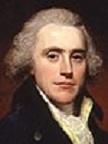


















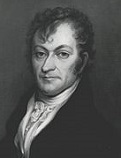


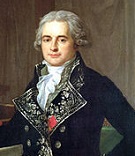










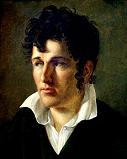

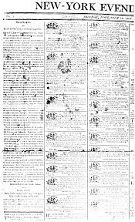
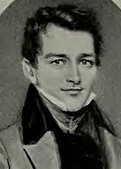
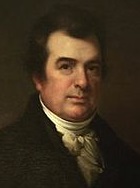



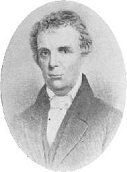
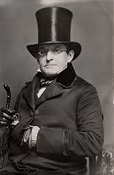



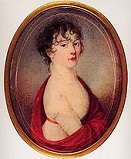
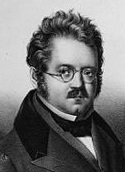


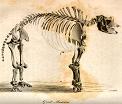
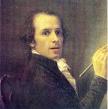
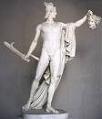
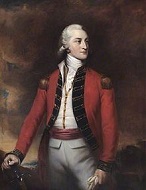
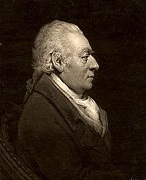
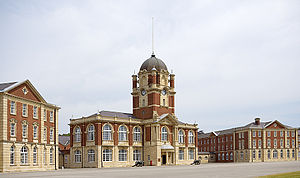


1801 On Jan. 1 the 1800 Acts of Union with Ireland come into effect, dissolving the Irish Parliament, giving it 32 peers in the British House of Lords and 100 members of the House of Commons, with the new U.K. Parliament meeting on Jan. 22; English king (since Oct. 25, 1760) George III (1738-1820) becomes king of the United Kingdom of Great Britain and Ireland (until Jan. 29, 1829), officially giving up Edward III's claim to the throne of France; his wife (since Sept. 8, 1761) Charlotte of Mecklenburg-Strelitz (1744-1818) becomes queen, adding the title to electress of Hanover of the HRE until her hubby is promoted to king of Hanover on Oct. 12, 1814, allowing the Christmas tree to be introduced to England; William Pitt the Younger becomes PM #1 (until Mar. 14); the Union Jack as the official flag; Ireland's parliament is dissolved, and the Irish are forced to elect reps. to the British Parliament; Ireland begins to be all about nationalist movements springing up to get it repealed and regain home rule, lasting well into the 20th cent. On Jan. 1 the U.S. Marine Band makes its debut at the White House, which is actually painted gray until 1813. On Jan. 1 war secy. (since 1800) Samuel Dexter becomes treasury secy. #3, becoming the lucky guy who administers the oath of office to chief justice John Marshall before resigning on May 13 and heading back to Boston. On Jan. 31 Pres. Adams appoints his secy. of state John Marshall (1755-1835) as the 4th chief justice of the U.S. Supreme Court and 13th justice (until July 6, 1835) to replace Oliver Ellsworth (1796-1800) in a Supreme Court regarded as ineffectual, and he is sworn in on Feb. 4, serving simultaneously as secy. of state until Mar. 4; both Marshall and Thomas Jefferson are descended from William Randolph - so the nation is in good hands with Allstate? In Jan. French gen. Etienne Jacques Joseph Alexandre MacDonald (1765-1840) (of Scottish descent) leads the French army of Italy into Austria from the S over the difficult Splugen Pass, causing the Austrian emperor to seek peace; in Jan. extreme conservative Klemens Wenzel Nepomuk Lothar von Metternich (1773-1859) (who witnessed revolutionary excesses as a student in Strasbourg, souring him against them for life) begins his career as Austrian envoy to the elector of Saxony at the court of Dresden, where he develops all kinds of connections with the Poles and Russians, and goes on to maneuver Austria through the dangerous Napoleon era and land it on top, getting a promotion to prince along the way (1813) - with this new job I know I can get financing? On Feb. 9 after having the Hohenlinden knocked out of them, the Austrians sign the Treaty (Peace) of Luneville (Lunéville) (pr. lu-nay-VEEL) with Napoleon, and HRE Francis II again cedes the left bank of the Rhine to France (which is nice, since that's where the original Germanic Franks started out?), and concedes the breakup of the Holy Roman Empire, with all cessions made under Campo Formio reaffirmed; the Batavian, Helvetian, Cisalpine and Ligurian Repubs. are recognized, and the Louisiana territory is ceded by Spain to France; the grand duchy of Tuscany becomes the duchy of Etruria, given to the son of the duke of Parma; with Austria out of the war, Britain and France begin peace negotiations; on Feb. 9 the Armistice of Foligno stops the war between France and Naples. Like sausage, it's better if you don't see it made? On Feb. 10 knowing of his defeat before the electoral votes are formally counted on Feb. 11, U.S. Pres. Adams closes his admin. with his controversial U.S. Midnight Judges Act (Appointments) (Judiciary Act of 1801), which is passed on Feb. 27 by the outgoing Federalist-controlled U.S. Congress, repealing the 1789 act and reducing the Supreme Court from six justices to five, while raising the number of circuits from three to six and establishing five new judicial districts, for a total of 18, creating 16 circuit courts that Adams appoints Federalist officers to, incl. William Marbury (1762-1835) to the office of justice of the peace in the District of Columbia; the incoming Jefferson admin. views the act as a Federalist trick to keep a Repub. from being appointed to the court, and gets it repealed next year. On Feb. 11 the 1800 U.S. Pres. Election of Oct. 31-Dec. 3 is finally counted; Repubs. Thomas Jefferson and Aaron Burr tie with 73 electoral votes each (Adams 65, Pinckney 64, New York Federalist John Jay 1); when Burr refuses to withdraw in favor of Jefferson (did this system suck or what?), the election is then moved to the House of Reps. for the 1st time ever, which has a Federalist majority that was largely elected in 1798 and is now a lame duck; instead of conceding, Burr decides to use the Duck House to pick him, but Alexander Hamilton urges Federalists to vote for Jefferson as the lesser of two evils, and on Feb. 17 on the 36th ballot Vt. and Md. switch their votes to Jefferson, but since Federalist reps of four states cast blank ballots, Jeffybaby wins with only 10 out of the 16 states, while Burr wins four states and becomes vice-pres. (and becomes bitter about his whole also-ran life?); meanwhile John Adams' standing up to war pressure has borne fruit in a treaty with France, but news arrives too late to save his reelection - I ain't gonna work for Maggie's brother no more? On Feb. 27 the District of Columbia Organic Act of 1801 is passed by the U.S. Congress, placing the District of Columbia under their control incl. Washington County to the N and E of the Potomac River, Alexandria County to the W and S of the Potomac River, and leaving the charters of Georgetown and Alexandria untouched; next year the city of Washington, D.C. is incorporated, a mayor-city council govt. established, and a jail built. On Mar. 4 6 ft. 2.5 in. Va.-born Thomas Jefferson (1743-1826), AKA "the Red Fox", "the Scribe (Pen) of the Revolution", "the Father of the Declaration of Independence", "the Sage of Monticello", "the Moonshine Philosopher of Monticello", "the Man of the People", "Long Tom", "Mad Tom", "the Negro President" (owes his V to the Three-Fifths Compromise) becomes the 3rd U.S. pres. (until Mar. 4, 1809) in the 4th U.S. Pres. Inauguration, becoming the first pres. to be inaugurated at the U.S. Capitol in Washington, D.C., which he helped to design, and where he goes every Sunday for religious services in the House of Reps.; after he gets dissatisfied with the music at the Sunday services, and knowing that outgoing Pres. Adams invited them to perform at the Pres. Mansion earlier in the year, Jefferson gets the U.S. Marine Band (established on July 11, 1798) to play there, becoming a tradition; Jefferson names the music The President's Own, becoming the nickname for the band; the inauguration is tense and on the break of violence because Jefferson's view of govt. is 180 deg. out of step with Washington's and Adams', but it goes peacefully, setting a precedent until 2021?; Jefferson's First Inaugural Address calls America "the world's best hope", spurring Dr. Joseph Priestly in Mar. to write: "We can no longer say there is nothing new under the sun. For this whole chapter in the history of man is new. The great extent of our republic is new"; Aaron Burr (1756-1836) becomes the 3rd U.S. vice-president; 32-y.-o. snuff-loving becoming the first pres. to be inaugurated at the U.S. Capitol in Washington, D.C., which he helped to design, and where he goes every Sunday for religious services in the House of Reps.; the U.S. Marine Band plays for his inaguration, and he names the music The President's Own, which becomes a tradition; after he gets dissatisfied with the music at the Sunday services, he gets the U.S. Marine Band to play there; Jefferson's First Inaugural Address calls America "the world's best hope", spurring Dr. Joseph Priestly in Mar. to write "We can no longer say there is nothing new under the sun. For this whole chapter in the history of man is new. The great extent of our republic is new"; Aaron Burr (1756-1836) becomes the 3rd U.S. vice-president; 32-y.-o. snuff-loving Dolley Madison becomes his hostess, while his intellectual daughter Martha Washington Jefferson "Patsy" Randolph (1772-1836) becomes First Lady since he's a widower; next year Jefferson turns the State of the Union address from a speech into a written report sent to Congress, which is not changed for 112 years (until Pres. Wilson); the whole business is historic since Creation, becoming the first time a govt. changes hands between bitter political foes without violence, as ex-pres. Adams packs his bags and goes home to Quincy?; on Mar. 5 he appoints Am. Rev. War gen. Henry Dearborn (1751-1829) as U.S. war secy. #5 (until Mar, 4, 1809), and former S.C. gov. (1789-92) Charles Pinckney (1757-1824) as U.S. minister to Spain (until 1805), with the Mission: Impossible of getting Fla. from Spain and Spanish acquiescence in the transfer of La. from France. On Mar. 8 the Second Battle of Aboukir sees the British Expeditionary Corps begins a siege of Alexandria, establishing a beachhead against 4K French troops under Gen. Menou after an assault under Scottish-born Col. (later Lt.-Gen. Sir John Moore (1761-1809), followed on Mar. 21 by the Battle of Alexandria (Canope), where the British disprove the myth of French invincibility, although Lord Ambercrombie (b. 1734) is fatally wounded. On Mar. 12 Russian tsar (since 1796) Paul I (b. 1754) (always paranoid about suspected assassins) is assassinated by revolutionaries (those *!*? serfs and peasants?) in his bedroom in Mikhailovsky Palace in St. Petersburg, and on Sept. 5 despite announcing his wish to abdicate, his poetic, bookish son (Catherine II the Great's grandson) (handsome-pretty, with curly chestnut hair and blue-gray eyes like his grandmother) Alexander I (1777-1825) (whose portrait bears a striking resemblance to Russian pres. Vladimir Putin (1952-)?) is crowned tsar of Russia (until Dec. 1, 1825). On Mar. 14 after paying $83K in the last 3.5 years, Pres. Jefferson decides to quit paying their Muslim jizya, the dey of Tripoli orders the U.S. consular flagstaff to be cut down as a declaration of war, and Jefferson dispatches four warships sans Congressional action, later adding two more. On Mar. 14 British PM (since Dec. 19, 1783) William Pitt the Younger (1759-1806) resigns along with Viscount Castlereagh when George III rejects his plans for linking the Act of Union with Ireland with the emancipation of Irish Catholics, and approaches anti-emancipationist Henry Addington (1757-1844) about replacing him as PM, becoming British PM on Mar. 17 (until May 10, 1804). On Mar. 28 the Treaty of Florence between France and Naples cedes Naples' possessions in C Italy and the island of Elba, accepts French garrisons in several Italian towns, and closes harbors to British and Ottoman ships. On Mar. 31 the Danish colonies in the Virgin Islands surrender to the British; on Apr. 2 the British under adm. Sir Hyde Parker (1739-1807), aided by newly-promoted vice-adm. Lord Nelson (who accepts service under Parker despite rank) destroy most of the Danish fleet in the Battle of Copenhagen Roads (Harbor), during which Nelson ends up taking charge, and ignores a signal from Parker to withdraw by putting a telescope up to his blind right eye and declaring he can't see any signal; the Danish fleet is almost destroyed, but they hurt the British enough to sign a peace treaty on Oct. 23, allowing Denmark to quit the leaderless League of Armed Neutrality and flourish again, playing all sides; Nelson is created viscount for his big V - give me a box of Dutch Masters? In Apr. after being instigated by Napoleon, the Prussians march into Hanover and occupy it without resistance (until June, 1803). In late Apr. a combined British-Ottoman army advances on Cairo, and reaches it on June 21, taking the 13K-man French garrison on June 27. On May 2 Dem.-Repub. Party co-founder (with Pres. Jefferson) James Madison becomes U.S. secy. of state #5 (until Mar. 3, 1809), going on to supervise the Louisiana Purchase. On May 10 after a $225K bribe is refused by the Jefferson admin., the pasha (eyalet) of Tripoli declares war on the U.S., starting the First Barbary (Barbary Coast) (Tripolitan) War (ends June 10, 1805) (2nd in 1815) between the U.S. and Sweden vs. Tripolitania and Morocco; on July 17 the U.S. fleet arrives in Tripoli with the schooners USS Enterprise and USS Constitution (AKA Old Ironsides) to do battle with the Quran-thumping Muslim Barbary pirates, who claim the Quran gives them the right to make war on any nation not submitting to Sharia and take prisoners and booty - an early episode of Star Trek, and it's between the Stars and Strips and Islam? On May 14 Swiss-born Repub. financial expert Albert Gallatin (1761-1849), who was elected to the U.S. Senate in 1793 then ousted for not having been a U.S. citizen for the required nine years, then elected to the U.S. House of Reps. in 1795-1801, where he founded the House Ways and Means Committee (originally the Finance Committee) is appointed U.S. treasury secy. #4 by Pres. Jefferson (until Feb. 8, 1814), going on to create a treasury surplus by 1807 despite the Louisiana Purchase. In early June a British force lands on the Red Sea coast, and begins crossing the desert on June 19, scaring France's new Mamluk allies into dropping support. On May 20-June 9 the War of the Oranges sees Spain declare war on Portugal after it refuses the demand of Spanish minister Manuel de Godoy to enter into an alliance with France against its ally (since 1343) Britain as well as cede most of its territory; in Apr. French troops invade, and on May 20 they are joined by Spanish troops, taking the town of Olivenza (Olivenca) near the border, after which Godoy picks oranges at nearby Elvas and sends them to the queen of Spain with a message that he will now head toward Lisbon, after which Portugal folds, signing the Treaty of Badajoz on June 6, ceding Olivenza, Almeida and other border fortresses to Spain, and closing all ports to the British; on Sept. 29 John VI of Portugal also signs the 1801 Treaty of Madrid, agreeing to pay France a 20M franc indemnity and cede half of Guyana in N South Am., which becomes French Guiana. On July 4 the first public 4th of July reception is held at the White House, er, Executive Mansion in Washington, D.C. I'm walking on sunshine, whoa-oh? On July 15 the Concordat of 1801 (announced on Easter Sunday, 1802), signed in Paris by Napoleon and Pope Pius VII reconciles the French Consulate with the Roman Catholic Church, and reestablishes and governs the relations of the French Church with Rome for the next cent., esp. by recognizing Protestantism (both Lutheran and Calvinistic), Judaism, and Roman Catholicism as established religions entitled to state support and subject to state control; the consul appoints bishops, subject to confirmation by the pope, and the bishops choose their own clergy, paid by the govt.; the pope continues to control the Papal States, except Ferrara, Bologna, and Romagna; priests in Belgium and other outlying regions form the Petite Eglise (Little Church) outside Courlay in Deux-Sevres to oppose it, functioning without a priest; Joseph Fesch (1763-1839), half-uncle of Napoleon I is made archbishop of Lyons for helping bring the concordat about, and cardinal next year. On July 21 (5th anniv. of his death) the first Burns Supper is held in memoriam of Scottish poet Robert Burns by his friends in the Burns Club in Greenock, mostly merchants born in Ayrshire who knew him personally; next year they hold it on Jan. 29, then discover that his birthday is Jan. 25, making it an annual tradition; dinners incl. haggis, Scotch whisky, and recitation of his poetry, with plenty of bagpipes. On July 25 U.S. Rep. (Dem.-Repub., Ga.) (1795-1802) John Milledge (1757-1818) founds the city of Athens, Ga. (modern-day pop. 115K/192K) on the Oconee River as a site for the U. of Ga. (incorporated Jan. 27, 1785); on Nov. 4, 1802 he becomes Ga. gov. #26 (until Sept. 23, 1806), founding a land lottery for fair distribution of former Creek lands, reorganizing the state militia, and building a road to Tenn. through Cherokee lands; in 1804 he founds the city of Milledgeville, Ga. on the Oconee River in C Ga. NE of Macon (modern-day pop. 18.9K) as the Ga. state capital (until 1868); on June 19, 1806 he becomes U.S. Sen. from Ga., resigning on Nov. 14, 1809. On July 29 Robert Fulton demonstrates his submarine in France in an attempt to sell it to Napoleon - they are called frogs, right? In July British Col. Sir William Henry Clinton (1769-1846) leads a force of 3.5K men to the Portuguese island of Madeira SW or Portugal to forestall any French or Spanish attack; they are withdrawn next mar. after the signing of the Treaty of Amiens. On Aug. 9 the British under Gen. Hutchinson siege the French under Gen. Menou in Alexandria, and they surrender on Aug. 30; two weeks later the French embark for France, ending the Egyptian Occupation (begun 1798); on Oct. 9 peace preliminaries are signed; Egypt is recovered by the Turks, but anarchy and civil war soon reign, the Brits refuse to leave, and Egypt remains open to European intervention. On Oct. 1 the Peace (Treaty) of London is signed by Britain and France, with the French agreeing to evacuate Egypt, the news that they have already been expelled not reaching them yet. On Nov. 16 after getting pissed-off at the election of Dem.-Repub. Party leader Thomas Jefferson (1743-1826), the tabloid newspaper New York Post (originally New-York Evening Post) is founded in New York City by Founding Father Alexander Hamilton (1755-1804) and other Federalists with $10K "to inculcate just principles in religion, morals and politics", becoming the oldest daily newspaper in the U.S. to survive to modern times, with a modern-day circ. of 500K. In Nov. Tenn. becomes the first U.S. state to criminalize dueling - too bad about New Jersey? On Dec. 24 Md.-born Renaissance man Charles Willson Peale (1741-1827) displays the skeleton of a mastodon which he had had dug up in his nat. history museum in Philly. Edward Livingston (1764-1836), younger brother of Robert R. Livingston of La. Purchase fame becomes Dem.-Repub. mayor #46 of New York City (until 1803) as well as U.S. atty. for N.Y., showing heroism in fighting the yellow fever in summer 1803 until he contracts the fever himself, recovering only to find that one of his clerks mismanaged funds, causing him to resign and move to New Orleans, La. to practice law, repaying the debt with interest by 1826 while becoming friends with Andrew Jackson, becoming a U.S. rep. in 1823-9, U.S. sen. in 1829-31, U.S. secy. of state #111 in 1831-3, and U.S. minister to France in 1833-5. The Janissaries in Serbia kill vizier Hadzi-Mustafa in Belgrade and seize power, ruling Serbia independently under dahias while grinding the Serbs down, bringing them to the breaking point. Pope Pius VII begins unsuppressing the Society of Jesus (Jesuits), starting in Russia. Haitian blacks under self-educated freed slave Francois Dominique Toussaint L'Ouverture (the Opening) (1744-1803) (who fought under the banner of Spain before deciding to fight against all white foreigners, and was willing to settle for better treatment of slaves before switching to full abolition) conquer the Dominican Repub., developing a rep for "bloodless victories", after which L'Ouverture sends Napoleon a proposed constitution permitting the island's three racial groups to live in peace, but since Haiti is the richest colony in the New World, Napoleon orders 15K troops to oust him, planning to use it as a base to conquer the U.S. The East India Co. occupies the Gorakpur district, starting a conflict with the Gurkhas of Nepal. The N Indian village of Kanpur (in Uttar Pradesh on the Ganges) (modern pop. 2M) is ceded to the British, becoming a frontier station. The pork trade begins between Tahiti and the British convict colony of New South Wales. The Korean govt. frees its slaves, but private slavery continues until 1894; the govt. begins persecuting Catholics for its subversive idea that all men and women are equal in the eyes of a supreme deity - she's the size of an elephant, oh really? Robert R. "the Chancellor" Livingston (1746-1813), one of the Committee of Five that drafted the Declaration of Independence (with Thomas Jefferson, Benjamin Franklin, John Adams, and Roger Sherman) becomes minister to France (until 1804) just in time for the big purchase of I'm-so-happy-my-eyes-are-jellin' La. Dutch East India Co. explorer Sir (Petrus Johannes)(Pieter Jan) Truter (1747-1825) of the Cape judicial bench and British army physician Dr. William Somerville (1771-1860) begin an expedition; next year they explore Bechuanaland to buy cattle. The harbor town of Ashtabula on Lake Erie at the mouth of the Ashtabula River (55 mi. E of Cleveland, Ohio) is founded. The Royal Military College (RMC) is founded in Great Marlow and High Wycombe, Buckinghamshire, England by British CIC (1795-1809) Prince Frederick, Duke of York, with cavalry cmdr. Col. John Gaspard Le Marchant (1766-1812) as lt.-gov. #1, who produces able staff officers called Wycombites and introduces the idea that officers should be formally trained rather than learn on the job, introducing prof. merit-based training for future officers; in Oct. 1812 the college moves to specially-built bldgs. in Sandhurst in Berkshire, designed by English architect James Wyatt (1746-1813); in 1947 it is combined with the Royal Military Academy ("the Shop") in Woolwich (founded 1741) as the Royal Military Academy Sandhurst. The Cane Ridge Revival in Cane Ridge (near Paris), Bourbon County, Ky. (named by Daniel Boone after seeing bamboo growing there) in the Camp Ridge Meeting House (built 1791) (largest 1-room log cabin in North Am.) and attended by 20K is led by 18 Presbyterian ministers and several Methodist and Baptist preachers, esp. Port Tobacco, Md.-born Barton Warren Stone (1772-1844), who in 1804 leaves the Presbyterian Church and founds the Christian Church (Disciples of Christ) (New Lights) (Stoneites) back-to-the-1st-century movement, growing to 12K members by 1830 and forming the backbone of the Am. Restoration Movement, a form of Christian Primitivism (Restorationism) that has roots going back to Martin Luther. Johnny Appleseed arrives in Licking County, Ohio - sounds like a candy apple? Aaron Burr's daughter and her hubby start a fashion by honeymooning at Niagara Falls. French libertine Donatien Alphonse Francois, Marquis de Sade (1740-1814) is arrested on the orders of Napoleon I for writing the anon. porno books "Justine" and "Juliette", and imprisoned without trial; after being accused of seducing prisoners at Saint-Pelagie prison, he is tranferred to the harsher Bicetre Fortress, is declared insane in 1803 after his family intervenes, and ends up back in the insane asylum in Charenton where he spent 1789-90; after his wife Marie-Constance Quesnet is allowed to live with him there, the dir. Abbe Francois Simonet de Coulmier (1741-1818) lets him stage several of his plays for the public with inmates as actors, but this raises eyebrows, causing de Sade to be put in solitary confinement in 1809, while the plays are shut down in 1813; meanwhile in 1810 after being let out of solitary, the old lecher de Sade begins an affair with 13-y.-o. Madeleine Leclerc, daughter of an asylum employee, and continues training her to be his horsey until his 1814 death. (St.) Madeleine Sophie Barat (1779-1865) founds the Society of the Sacred Heart of Jesus in France for women, receiving papal approval in 1826 and founding 105 houses in several countries. Charles Lamb writes a Letter to Thomas Manning in which he issues the soundbyte "Logic is nothing more than a knowledge of words." The Bank of France is founded by a group of Parisian banks as a discount bank with a local monopoly on note issue. Pres. Jefferson asks Pierre Samuel du Pont de Nemours to prepare a nat. education plan, which is later incorporated into the French education code but not adopted in the U.S. The Society for the Encouragement of Nat. Industry is founded in France by chemist Jean-Antoine Chaptal (1756-1832), going on to organize industrial expositions in France, causing Napoleon to create him count of the empire in 1808, and count of Chanteloup in 1810. A Freemasonic Lodge is chartered in Charleston, S.C. by a British branch that backed England during the Am. Rev., and goes on to foment and back the U.S. Civil War?; it incl. many wealthy Jews prominent in the slave trade. German philosophers Georg Wilhelm Friedrich Hegel and Friedrich Wilhelm Joseph Schelling begin pub. The Critical Journal of Philosophy. Charles Didelot (1767-1837), inventor of flesh-colored tights moves to St. Petersburg to direct the ballet - eventually it takes its toll on your feet, legs, hip and back, but hey, we're serfs and can take it? Cornish artist Henry Bone (1755-1834) is appointed enamel painter to George III of England, going on to make many fine minatures. The first iron trolley tracks are built betwen Croydon and Wandsworth in England. Charles Nodier (1780-1844) succeeds Maximilian de Lorraine as grandmaster of the Priory of Sion (until 1844) :). The New Testament is translated into Bengali. English immigrant James Vassar founds a brewery in Dutchess County, N.Y., moving to Poughkeepsie, N.Y. in 1801 and capturing most of the customers in the river towns from Hudson to Newburgh; in 1810 his son, East Dereham, Norfolk, England-born Matthew Vassar (1792-1868) joins the family brewing business on Vassar St. in Poughkeepsie; in 1811 it burns down, and he takes over the mgt.; in 1814 after fighting in the War of 1812 he opens M. Vassar & Co. on Vassar St., becoming the largest brewery in the U.S.; in 1836 he builds a larger facility on the waterfront, with a cap. of 60K barrels/year, complete with its own fleet of sloops; in 1861 he founds Vassar College, becoming one of the first women's colleges in the U.S. Architecture: The neo-classical style Cathedral of St. Stanislas is built in Vilnyus (Vilnius), Lithuania as the 4th in a series dating from 1387. The 10-bedroom Frogmore Cottage (originally Double Garden Cottage) is built in Home Park, Windsor, Berkshire, England; built for Queen Charlotte; renamed Frogmore after Queen Victoria has breakfast there on June 28, 1875 and finds the "immense number of frogs" to be "quite disgusting"; in spring 209 Prince Harry and Meghan Markle (the Duke and Duchess of Sussex) move there from Nottingham Cottage. Inventions: English chemist Humphry Davy (1778-1829) invents the Arc Lamp, using charcoal sticks hooked to a 2K volt battery, creating an arc across a 4-in. gap, and calling it an arch lamp. The Jacquard punch-card controlled drawloom for figured fabrics is invented by Joseph Marie Jacquard (1752-1834); too bad, his exhibit loom in Lyons is destroyed by Luddites; in 1840 (six years after his death) a statue of him is erected on the site. German chemist Franz Karl Achard (1753-1821) opens the first sugar beet refinery in Gut Kernern near Steinau, Silesia, which is burned down during the Napoleonic Wars in 1806; afer Napoleon bans sugar imports in 1813, a sugar beet industry booms. Judge James Finley (1762-1828) builds the first iron chain suspension bridge at Jacob's Creek, Penn., and it catches on. The first commercial steamship, the Charlotte Dundas is built by Scottish engineer William Symington (1764-1831), who patents a horizontal steam engine directly linked to a crank, and on Jan. 4, 1803 it begins operating in the Forth and Clyde Canal. On Dec. 24 Richard Trevithick tests a high pressure (60 psi) engine, despite James Watt complaining that he should be hanged for it (Watt's engines run at 7 psi); on Dec. 27 a second test is made, and when it breaks down the travelers refresh themselves at an inn, returning to find the carriage a smoldering ruin. Shape notes are invented to facilitate congregational and community singing; in 1844 The Sacred Harp is pub., becoming a hit with Protestants in the Am. South. Science: Scottish botanist Robert Brown (1773-1858) arrives in Western Australia in Dec. aboard the Investigator, captained by Matthew Flinders (1774-1814), and spends 3.5 years collecting 3.4K species, 2K of them new; too bad, the Porpoise wrecks on his return voyage in 1805, and he loses much of his collection, but still saves 1.2K new ones, pub. them in 1810. Charles Hatchett (1765-1847) of the British Museum in London discovers the element Niobium (Nb) (#41) in columbine from North Am., and initially calls it columbite. panish physician Francisco Romero peforms the first open pericardiostomy to drain a pleural effusion, becoming the first cardiac surgeon. The giant water lily Victoria Regia ("Queen of the Night") is discovered in Amazon Territory. French mineralogist Rene Just Hauy (Haüy) (1743-1822) pub. the Law of Rational Indices for crystals. Joseph Jerome Lalande (1732-1807) pub. a catalog of 47,390 stars. On Jan. 1 Italian Theatine monk-astronomer Giuseppe Piazzi (1746-1826) discovers the first asteroid, Ceres, and German rising star mathematician Carl (Karl) Friedrich Gauss (1777-1855) computes its orbit using his new Least-Squares Method, which allows it to be found even after it goes invisible and emerges among a multitude of stars, causing him to be appointed dir. of the Gottingen Observatory for life in 1807, going on to become the greatest mathematician since antiquity - while juggling sausages? German chemist Johann Wilhelm Ritter (1776-1810) and English chemist-physicist William Hyde Wollaston (1766-1828) independently discover Ultraviolet Light beyond the violet - now the nightclubs will rock? William Wollaston shows that electricity producted by friction is identical to that produced by voltaic piles. The Pie Chart and Circle Graph are first used by William Playfair in England. William Smith of England draws "the map that changed the world", the first Geological Map (of England), founding the science of Stratigraphic Geology. Nonfiction: Hannah Adams (1755-1831), Evidences of Christianity. Sandy Addison, The Sugar House Book; contains a recipe for tomato-based ketchup. Xavier Marie-Francois Bichat (1771-1802), Anatomie General; introduces the term "tissues" (textures of the body with unique vital properties), and describes 21 types, founding the field of Histology. Johann Elert Bode (1747-1826), Uranographia; a catalog of 17,240 stars, beating the previous charts by 12K stars, with elaborate artistic representations of the constellations, which go out of fashion with astronomers after this. Jean-Antoine Chaptal (1756-1832), The Art of Making, Growing and Perfecting Wine (L'Art de Faire, de Gouverner et de Perfectioner les Vins). Carl Friedrich Gauss (1777-1855), Disquisitiones Arithmeticae; founds the mathematical field of Number Theory, incl. the theory of congruences, quadratic forms, and quadratic residues. Elizabeth Hamilton (1756-1816), Letters on the Elementary Principles of Education. Rene Just Hauy (1743-1822), Traite de Mineralogie (5 vols.); describes the Law of Rational Indices. August von Kotzebue (1761-1819), Das Merkwurdigste Jahr Meines Leens. Joseph Jerome Lalande (1732-1807), Histoire Celeste Francaise; contains a huge star catalog with many faint nearby stars. Alexander Mackenzie, Voyages. Antonio Scarpa (1752-1832), Saggio di Osservazioni e d'Esperienze Sulle Principali Malattie degli Occhi (Treatise on the Principal Diseases of the Eyes); classic text in ophthalmology. Jean Charles Leonard de Sismondi (1773-1842), De la Richesse Commerciale; backs Adam Smith. Helen Maria Williams (1761-1827), Sketches on the State of Manners and Opinions in the French Republic. Music: Ludwig van Beethoven (1770-1827), Die Geschopfe des Prometheus (ballet) (Vienna); Moonlight Sonata (Quasi una Fantasia) (Piano Sonata no. 14, Op. 27 no. 2 in C#-minor); not a lot of notes but each is so very perfect and important?; dedicated to his pupil and main squeeze Countess Julie "Giulietta" Guicciardi (1782-1856) ("the most beautiful woman in the whole world"), to whom he proposes, but her parents reject his suit for lack of sufficient social standing, the father saying "That chap Beethoven will never amount to anything"; the sonata receives the popular name in 1836 from poet and music critic Heinrich Friedrich Ludwig Rellstab (1799-1860), who is thinking of Lake Lucerne. Franz Joseph Haydn (1732-1809), The Seasons (oratorio). Antonio Canova (1757-1822), Perseus with the Head of Medusa (sculpture). Jacques-Louis David (1748-1825), Napoleon au Grand Saint-Bernard. Plays: Jean-Francois Ducis (1733-1816), Phedor et Vladimir, ou la Famille de Siberie; unlike his desert Arab play of 1795, this one is a flop, causing him to retire. Johann Gottfried von Herder (1744-1803), Adrastea: Events and Characters of the 18th Century (6 vols.) (1801-3). August von Kotzebue (1761-1819), Die Deutschen Kleinstadter (comedy). Manuel Jose Quintana (1772-1857), El Duque de Viseo; based on M.G. Lewis' "Castle Spectre". Johann Christoph Friedrich von Schiller (1759-1805), The Maid of Orleans (Die Jungfrau von Orleans) (Leipzig). Poetry: Thomas Campbell (1777-1844), Ye Mariners of England; The Soldier's Dream; The Battle of the Baltic. Hannah Cowley (1743-1809), The Siege of Acre: An Epic Poem. James Hogg (1770-1835), Scottish Pastorals. Louis-Jean Nepomucene Lemercier (1771-1840), Homere, Alexandre. Thomas Moore (1779-1852), The Poetical Works of the Late Thomas Little, Esq.; juvenile poems; pub. anon. Robert Southey (1774-1843), Thalaba the Destroyer. Novels: Clemens Brentano (1778-1837), Godwi oder Das Steineme Bild der Mutter. Francois-Rene de Chateaubriand (1768-1848), Atala, ou Les Amours de Deux Sauvages dans le Desert (Apr. 2); filled with exotic adventures by Native Ams. in the Deep South incl. Miss., La., and Fla., becoming a hit. Births: French botanist ("the Father of Paleobotany") Adolphe-Theodore (Adolphe-Théodore) Brongniart (d. 1876) on Jan. 14; son of Alexandre Brongniart (1770-1847); grandson of Alexandre-Theodore Brongniart (1739-1813). Scottish celeb letter-writer Jane Welsh Carlyle (nee Jane Baillie Welsh) (d. 1866) on Jan. 14 in Haddington; wife (1826-66) of Thomas Carlyle (1795-1881); known for a pseudo-lesbian relationship with novelist Geraldine Jewsbury, who hooks up with Walter Mantell in 1857; Virginia Woolf later writes an article for the Times Lit. Supplement on Geraldine's letters to Jane. Am. painter (father of the Hudson River School) Thomas Cole (d. 1848) on Feb. 1 in Bolton, Lancashire, England; emigrates to the U.S. in 1818. English Roman Catholic theologian-cardinal (1879-) John Henry Newman (d. 1890) on Feb. 21 in London; educated at Trinity College, Oxford U.; starts out an evangelical Calvinist who preaches that the pope is the Antichrist, then becomes an Anglican priest on May 29, 1825, then goes Roman Catholic in 1845, becoming a priest on May 30, 1847, followed by cardinal on May 12, 1879. Am. "Man and Nature" diplomat-philologist ("America's First Environmentalist") George Perkins Marsh (d. 1882) on Mar. 15 in Woodstock, Vt.; educated at Phillips Academy, and Dartmouth College. Am. rotary lathe inventor Immanuel Nobel the Younger (d. 1872) on Mar. 24; father of Alfred Nobel (1833-96). Am. navy capt. William Francis Lynch (d. 1865) on Apr. 1 in Norfolk, Va. French philologist Eugene Burnouf (d. 1852) on Apr. 8 in Paris; son of Jean Louis Burnouf (1775-1844); first to decipher ancient Persian cuneiform. Am. atty. (alcoholic) George Washington Adams (d. 1829) on Apr. 12 in Berlin; son of J.Q. Adams (1767-1848); educated at Harvard U. Austrian Viennese "Butterflies Waltz", "Schonbrunner Waltz" waltz composer ("the Mozart of Dance Music") Josef Franz Karl Lanner (d. 1843) on Apr. 12 in St. Ulrich, Vienna; father of August Lanner (1835-55); friend-rival of Johann Strauss I (1804-49). French paleontologist-geologist Edouard (Édouard) Lartet (d. 1871) on Apr. 15 in Castelnau-Barbarens, Gers; educated at the U. of Auch, and U. of Toulouse; father of Louis Lartet (1840-99). German physicist-psychologist (founder of modern experimental psychology) Gustav Theodor Fechner (d. 1887) on Apr. 19 in Gross-Sarchen (near Muskau), Lower Lusatia; educated at the U. of Leipzig. British Zionist Tory politician and social reformer for the poor and insane Anthony Ashley Cooper, 7th Earl of Shaftesbury (d. 1885) on Apr. 28 in London; educated at Harrow School, and Christ Church, Oxford U. Mexican gov. of Alta Calif. (last) (1832, 1845-6) Pio de Jesus Pico (d. 1894) on May 5 in Mission San Gabriel Arcangel; brother of Andres Pico (1810-76). U.S. secy. of state #24 (1861-9), U.S. Senator (R-N.Y.) (1849-61) and N.Y. gov. #12 (1839-42) William Henry Seward Sr. (d. 1872) on May 16 in Florida, Orange County, N.Y.; father of Frederick William Seward (1830-1915) and William Henry Seward Jr. (1839-1920).; educated at Union College. Am. Mormon pres. #2 (1847-77) (Freemason) ("the American Moses") Brigham (OE "bridge hamlet") Young (d. 1877) on June 1 in Whitingham, Vt.; son of John Young and Abigail "Nabby" Howe; brother of Lorenzo Dow Young, Phineas Young (1799-1879), Joseph Young (1797-1881), and John Young; marries 55 wives, only 21 of whom had never been married before. Italian republican patriot-philosopher Carlo Cattaneo (d. 1869) on June 15 in Castagnola (Milan?). German mathematician-physicist Julius Plucker (Plücker) (d. 1868) on June 16 in Elberfeld (Wuppertal); educated at the U. of Bonn, U. of Heidelberg, and U. of Berlin. French "Parable of the Broken Window" political economist Claude Frederic Bastiat (d. 1850) on June 30 in Bayonne. U.S. ("Damn the torpedoes, full speed ahead") adm. David Glasgow Farragut (d. 1870) on July 5 in Campbell's Station, Tenn.; first U.S. rear adm., vice-adm., and full adm. German physiologist Johannes Peter Muller (d. 1858) on July 14 in Koblenz. U.S. treasury secy. #18 (1845-9) Robert John Walker (d. 1869) on July 23 in Northumberland, Penn.; educated at the U. of Penn. English astronomer royal (1835-81) Sir George Biddell Airy (d. 1892) on July 27 in Alnwick; educated at Trinity College, Cambridge U. French mathematician-economist Antoine Augustin Cournot (d. 1877) on Aug. 28 Gray, Haute-Saone. German pterodactyl paleontologist Christian Erich Hermann von Meyer (d. 1869) on Sept. 3 in Frankfurt am Main. English Orientalist and Arabic scholar Edward William Lane (d. 1876) on Sept. 17 in Hereford. German inventor (in Russia) (Jewish) Moritz Hermann (Boris Semyonovich) von Jacobi (d. 1874) on Sept. 21 in Potsdam. Russian mathematician-physicist Mikhail Vasilyevich Ostrogradski (Ostrogradskiy) (d. 1862) on Sept. 24 in Pashenivka (modern-day Poltava Oblast, Ukraine); of Ukrainian descent; educated at the U. of Kharkiv. French statesman Lazare (Lazar) Hippolyte Carnot (d. 1888) on Oct. 6 in Saint-Omer, Pas-de-Calais; 2nd son of French Rev. engineer Lazare Carnot (1753-1823); brother of Sadi Carnot (1796-1832). Am. portraitist Henry Inman (d. 1846) on Oct. 10 in Utica, N.Y.; student of John Wesley Jarvis; paints Martin Van Buren and John Marshall. German physicist-astronomer-engineer-inventor Carl August von Steinheil (d. 1870) on Oct. 12 in Ribeauville, Alsace; educated at the U. of Erlangen, U. of Gottingen, and U. of Konigsberg. Belgian phenakistiscope physicist Joseph Antoine Ferdinand Plateau (d. 1883) on Oct. 14 in Brussels; educated at the U. of Liege. Argentine gen.-politician Justo Jose (José) Urquiza y Garcia (d. 1870) on Oct. 18 in Arroyo de la China, Entre Rios. German Spieloper opera composer Gustav Albert Lortzing (d. 1851) on Oct. 23 in Berlin. Am. scholar (pres. #10 of Yale College in 1846-71) Theodore Dwight Woolsey (d. 1889) on Oct. 31 in New York City; educated at Yale U., and Princeton U. German travel guide publisher Karl Ludwig Johannes Baedeker (d. 1859) on Nov. 3 in Essen, Prussia. Italian (Sicilian) "Norma", "La Sonnambula" bel canto opera composer Vincenzo Salvatore Carmelo Francesco Bellini (d. 1835) on Nov. 3 in Catania, Sicily. Am. abolitionist legislator-diplomat (Spiritualist) Robert Dale Owen (d. 1877) on Nov. 7 in Glasgow, Scotland; son of Robert Owen (1771-1858); emigrates to the U.S. in 1825. Am. evaporated milk inventor Gail Borden Jr. (d. 1874) on Nov. 9 in Norwich, N.Y.; grows up in Kennedy's Ferry (Covington), Ky. and New London, Ind. Am. abolitionist physician (founder of Perkins Inst. for the Blind and Mass. School for Idiotic Children) Samuel Gridley "Chev" Howe (d. 1876) on Nov. 10 in Boston, Mass.; educated at Brown U., and Harvard U.; husband (1843-) of Julia Ward Howe (1819-1910); father of Laura Elizabeth Howe Richards (1850-1943) and Maud Howe Elliott (1854-1948). Austrian dramatist-comedian Johann Nepomuk Eduard Ambrosius Nestroy (d. 1862) on Dec. 7 in Vienna. Am. Procter & Gamble co-founder William Procter (d. 1884) on Dec. 7 in Herefordshire, England; father of William Alexander Procter; grandfather of William Cooper Procter (1862-1934) and Henry Procter. German dramatist-journalist ("the Drunken Shakespeare") Christian Dietrich Grabbe (d. 1836) on Dec. 11 in Detmold. German Prussian banker-statesman Hermann von Beckerath (d. 1870) on Dec. 13 in Krefield, Rhenish Prussia. Am. politician-gen. Joseph Lane (d. 1881) on Dec. 14 in Bunscombe Count, N.C. Deaths: Irish-born Spanish viceroy of Peru (1795-1801) Don Ambrosio O'Higgins (b. 1720) on Mar. 18 in Lima. German-Polish painter Daniel Chodowiecki (b. 1726) on Feb. 7 in Berlin. Am.-born Canadian soldier-judge Joshua Winslow (b. 1726) in June in Quebec City, Quebec. English writer Hester Chapone (b. 1727) on Dec. 25 in Hadley, Middlesex: "Though men's ways are unequal, the way of God are equal, and with him even women shall find justice." Chilean priest Manuel De Lacunza (b. 1731) on June 18 in Imola, Cisalpine Repub. (found dead beside the road after a walk). Am. Rev. turncoat gen. (the original "I shot the sheriff"?) Benedict Arnold (b. 1741) on June 14 in London - he just had to die on the 26th anniv. of the founding of the U.S. Army, AKA Flag Day? Scottish-born British lt. gen. Sir Ralph Abercrombie (b. 1734) on Mar. 28 in Alexandria, Egypt (KIA); dies aboard HMS Foudroyant seven days after the Battle of Alexandria. Swiss phrenology founder Johann Kaspar Lavater (b. 1741) on Jan. 2 in Zurich (shot in 1799 by a French grenadier). Am. theologian Jonathan Edwards Jr. (b. 1745) on Aug. 1 in Schenectady, N.Y. Bohemian violinist-composer Carl Stamitz (b. 1745) on Nov. 9. Italian composer Domenico Cimarosa (b. 1749)on Jan. 11 in Venice (intestinitis); dies while preparing to return to St. Petersburg, leaving 60+ operas; an inquest finds no evidence of poisoning. Russian tsar Paul I (b. 1754) on Mar. 12 in St. Petersburg (assassinated). German margrave Charles Louis, hereditary prince of Baden (b. 1755) on Dec. 16 in Arboga. Austrian archduke Maximilian Francis (b. 1756) on July 21 in Hetzendorf Palace, Vienna; dies before Beethoven can dedicate his First Symphony to him. German Romantic poet Novalis (Baron Friedrich von Hardenberg) (b. 1772) on Mar. 25 in Weissenfels. Am. celeb Philip Hamilton (b. 1782) on Nov. 23 (Mon. eve.) in Weehawken, N.J. (killed in a duel with George I. Eacker); son of Alexander Hamilton, who is overcome with grief, and is later killed in the same spot with the same set of dueling pistols, and attended by the same physician Dr. David Hosack (1769-1835).

















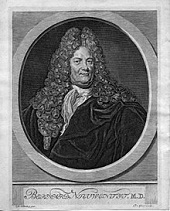


















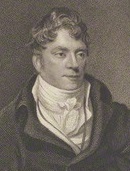
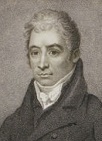
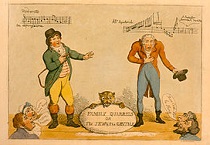


1802 On Jan. 1 Thomas Jefferson writes a letter to the Danbury Baptist Assoc. in Conn., using Roger Williams' phrase "wall of separation between church and state"; "Believing with you that religion is a matter which lies solely between Man & his God, that he owes account to none other for his faith or his worship, that the legitimate powers of government reach actions only, & not opinions, I contemplate with sovereign reverence that act of the whole American people which declared that their legislature should 'make no law respecting an establishment of religion, or prohibiting the free exercise thereof', thus building a wall of separation between Church & State. Adhering to this expression of the supreme will of the nation in behalf of the rights of conscience, I shall see with sincere satisfaction the progress of those sentiments which tend to restore to man all his natural rights, convinced he has no natural right in opposition to his social duties"; the same week he attends a church service in the U.S. Capitol, where the sermon is by Baptist minister John Leland (1754-1841), who arrived on Jan. 1 with a giant cheese from the people of Cheshire, Mass., causing him to become known as the Mammoth Priest, and who writes the immortal soundbyte "To read in the New Testament, that the Lord has ordained that those that preach the gospel shall live by its institutions and precepts, sounds very harmonical; but to read in a state constitution, that the legislature shall require men to maintain teachers of piety, religion and morality, sounds very discordant"; too bad, after the issue seems settled, Here Comes Marx, and by the late 20th cent. the ACLU (Anti-Christian Litigation Union?) is running a systematic campaign to twist Jefferson from the Saint of Church-State Separation into the Saint of Secularism, citing his letter as if it were part of the U.S. Constitution in a master plan to pressure judges into creating a new Bill of Rights that incl. "freedom from religion", seeking to remove all religious references from public life by force Commie-style, even the expression of individual opinion in public institutions? - I forgot the italics this time bahbahbahbah dadangdang? On Jan. 26 Congress passes an act calling for a library to be established in the U.S. Capitol. On Jan. 26 the Italian (formerly Cisalpine) Repub. is created in Lyons, with Napoleon as pres. #1 (ends 1805). In Jan. after his first newspaper The Porcupine fails in 1801, crusading pamphleteer William Cobbett (1763-1835) founds Cobbett's Weekly Political Register, which is so radical that in 1815 the govt. attempts to er, stamp it out by imposing a 4d stamp duty on all newspapers, which he counters in Nov. 1816 by pub. a cheap (2d) pamphlet ed. sans news, becoming known as "tuppenny trash", reaching a circ. of 40K; he also pub. Parliamentary Debates, an exact record of Parliamentary debates, which is illegal but doesn't stop him, selling it to T.C. Hansard in 1812; the Political Register is pub. weekly until the the year after his death. On Feb. 2 Othello Pollard exhibits the first leopard in the U.S. in Boston (admission 25 cents). On Feb. 6 the U.S. Congress passes the U.S. Act for Protection of Commerce and Seamen of the United States Against Tripolitan Corsairs, a declaration of war against the Muslim pirate nations of N Africa - Pres. Obama missed this in his history classes? On Mar. 6 Princeton U.'s Nassau Hall burns down. On Mar. 16 the U.S. Military Academy (USMA) at West Point, N.Y. is authorized by Congress; it officially opens on July 4; later, when they can't find dark material for uniforms they end up using gray, causing the "plebes" (1st-year students) to become known as the Long Gray Line; it originates the tradition of class rings. You got to change your evil ways, baby? On Mar. 27 Britain makes peace with France, Spain, and the Batavian Repub. in the Treaty (Peace) of Amiens (negotiated by Charles, Lord Cornwallis), ending the War of the Second Coalition, officially recognizing the French Repub. (first and only time Napoleon's France is at peace), and surrendering all conquests to France except Trinidad (taken from the Brits in 1797) and Ceylon (which goes to the French puppet Batavian Repub. in the Low Countries, which also gets the Cape of Good Hope Colony); France agrees to evacuate Egypt, Naples and the Papal States, and recognizes the Repub. of the Seven Ionian Islands (Septinsular Repub.) (1800-15); Malta is restored by Britain to the Knights of St. John (Malta); France regains its possessions in Africa; Holland's West Indian possessions (Malacca et al.) are restored, except for Guiana; Holland loses the Cape of Good Hope and Ceylon but regains the East Indian possessions; Europe is finally at peace, but only until 1803 after the treaty provisions are reneged on; meanwhile Nappy turns his attention to internal affairs, and Lord Nelson lives peaceably in England until 1803. On Apr. 8 the Organic Articles for Protestants, written by French religion minister Jean-Etienne Marie Portalis (1746-1807) at Napoleon's direction divides the French Calvinist community into 6K-person congregations led by a pastor and elders chosen from the taxpayers; Lutheran churches are governed by directories, the majority of which are selected by the consul, which has the power to veto clerical appointments and changes in church doctrine; by 1804 Protestant pastors get govt. salaries; a Calvinist revival begins in Napoleonic France; meanwhile "Jews should participate as equals, like all other religions as permitted by our laws" (Portalis). On Apr. 19 Spain reopens New Orleans to Yankee Americans. In Apr. after Wahhabi (Sunni) king Abd al-Aziz sends his son Sa'ud (Saud) with a 12K-man army, they occupy Karbala (Kerbalah), Iraq, home of the #1 shrine of the Shiites to al-Husayn (al-Husain), destroy the jewel-encrusted dome covering it, kill the priests along with 4K inhabitants, and bring back a super booty - the Muslim MO? On May 1 Napoleon replaces the secondary schools with lycees, emphasizing technical and practical skills, and aimed at producing govt. officials, with scholarships for their children; women are barred from French lycees and univs. by understanding Papa Nappy. On May 1 Ecole Speciale (École Spéciale) Militaire de Saint-Cyr (ESM) (Special Military School of Saint-Cyr) is founded in Fontainebleu, France by Napoleon in the Maison Royale de Saint-Louis school for impoverished daughters of noblemen (founded in 1685 by Louis XIV); in 1808 they move to Saint-Cyr (W of Paris), becoming the #1 military academy in France, with the motto "Lis s'instruisent pour vaincre" (They study to vanquish). On May 3 the city of Washington, D.C. is incorporated, with a mayor appointed by the U.S. pres. and the city council elected by property owners. On May 19 Napoleon creates the Nat. Order of the Legion of Honor. On June 1 (Tue.) a Day of Thanksgiving in England to celebrate the Treaty of Amiens is the occasion of a sermon titled Reflections on War in Cambridge by Baptist minister Robert Hall (1764-1831); his statue is later erected in De Montfort Square in Leicester. On June 2 the British Factory (Health and Morals of Apprentices) Act improves factory working conditions in Britain from squalid to cruddy. On June 4 Sardinian king (since 1796) Charles Emmanuel IV abdicates after his French wife Marie Clotilde dies on Mar. 7, and his brother Victor Emmanuel I (1759-1824) becomes king of Sardinia (until Mar. 12, 1821). In June Sarah Trimmer (1741-1810) begins pub. The Guardian of Education (until Sept. 1806), becoming the first successful periodical dedicated to reviewing children's lit. in Britain. On July 19 after returning briefly to France to get plans and models of machinery and obtain financial support, Paris-born industrial chemist Eleuthere Irenee (Éleuthère Irénée) du Pont de Nemours (1771-1834) founds the Brandywine Powder Mills in Wilmington, Del. to manufacture black gunpowder, becoming the largest of its kind in the U.S., and Du Pont's only product until 1880. On Aug. 2 Napoleon becomes consul for life with the right to appoint his successor under a new 1802 French Constitution (of the Year X) approved by plebiscite (3.5M votes), which enlarges the powers of the Senate (ruled by the consul) and diminishes other legislative bodies; Swiss-born tribune Benjamin Constant (Henri-Benjamin Constant de Rebecque) (1767-1830) is removed from office and exiled next year, moving in with hot French writer Madame de Stael in Copulate, er, Coppet, Switzerland, which becomes a center of anti-Napoleon activity; too bad, after Napoleon abdicates in 1814, he returns to Paris, then flops and becomes his council of state during the Hundred Days, and gets exiled again by Louis XVIII, finally getting it right and supporting Louis Philippe in 1830 and becoming pres. of the council of state before croaking the same year - constant? On Oct. 3 William Wordsworth marries childhood friend Mary Hutchinson (1770-?), and writes the sonnet She Was a Phantom of Delight about her; "And now I see with eye serene/ The very pulse of the machine" - a clitoral erection? On Oct. 10 after a short stint in 1755-6, the pro-Whig pro-Romanticism Edinburgh Review, founded by literary critics Lord Francis Jeffrey (1773-1850) of Scotland, English clergyman Sydney Smith (1771-1845) et al. begins pub. (until 1929); Jeffrey becomes famous for his trenchant caustic treatment of poets Wordsworth, Keats, Shelly et al. On Oct. 17 the U.S. signs the Treaty of Fort Confederation (Tombecbe) with the Choctaw tribe, ceding 10K acres of land incl. the site of the fort, permitting Great White Father to redraw their old boundary line with the Brits for a consideration of a box of trinkets, er, $1. In Oct. Ludwig van Beethoven (d. 1827), who is suffering from intestinal troubles and failing eyesight, and grieving over the loss of his babe writes the Heiligenstadt Testament, asking doctors to use his remains to "explain the causes of my malady so that the world may be reconciled to me". In Oct. after the Jefferson V, Penn. begins to be called "the keystone in the federal union", and next year is called "the keystone in the democratic arch", causing it to become known as the Keystone State. In Oct. the city of Ashburn, Va. (modern-day pop. 43K) (originally Old Farmwell Station) 30 mi. NW of Washington, D.C. starts out as a 1,236-acre plantation owned by George Lee III; in 1841 Quaker atty. John Janney purchases a 580-acre tract W of Ashburn Road, calling it Ashburn Farm; it goes on to host campuses of George Washington U., Strayer U., and George Mason U., and become a hub for 70% of the world's Internet traffic. On Nov. 29 Ohio adopts a constitution; it is not called the Buckeye State until 1840 even though the state is full of buckeye trees, whose nuts have markings resembling the eyes of a buck. On Dec. 31 after his excesses cause a revolt which makes him flee from Puna to Bengal, Baji Rao II of Martha in C India signs the Treaty of Bassein with the East India Co., reinstating him in return for permitting British troops and accepting a British resident; too bad, his enemies don't accept the British presence, and they start another war next year. Ferdinando dies, and Parma and Piacenza are annexed to France, along with Piedmont. The French attack Cape Haiti, which is ably defended by giant-of-a-man Henri Christophe (1767-1820; the French set back the Haitian slave rebellion by capturing leader Toussaint L'Overture through treachery and imprisoning him in a cell on the France-Swiss border - giving him his choice of thin crust or Old Chicago style buttery crust? Nominal Whig John Quincy Adams of Mass. is elected to the U.S. Senate. Gabriel Duvall (1752-1844) of Md. is appointed by Pres. Jefferson as the first comptroller of the U.S. Treasury (until 1811). Russia obtains a voice in the appointment of hospodars in Moldavia and Wallachia. The town of Waterbury, Ct. (founded 1674) begins manufacturing brass products, becoming the "Brass Center of the World" until after WWII. The state of N.Y. bans horseracing (until 1821). Erfurt in Saxony comes under Prussian control. Georgia cedes its Western lands to federal authority, causing Pres. Jefferson to seek a compromise settlement of the Yazoo land claims, but states rights' champeen House Speaker John Randolph (1773-1833) of Roanoke, Va. (a skinny, beardless, impotent soprano always wearing tails, stovepipe hat, boots, and carrying a whip) blocks passage of the legislation and gets removed as speaker. English explorer Capt. Matthew Flinders (1774-1814) circumnavigates Australia, discovering cool pink Lake Hillier on Middle Island in Western Australia. Portuguese explorers cross Africa. Nguyen Phuc Anh ends the Tay Son Dynasty (founded 1789), and founds the orthodox Confucian Nguyen Dynasty in Vietnam (its last) (ends 1945) under the name of Emperor Gia Long (1762-1820), going on to subdue the Trinh Lords, unify the country, and move the capital S from Hanoi to Hue; meanwhile he plays the eager-to-Catholicize French off for military expertise by letting their Roman Catholic missionaries in. Scottish-born Jean Auguste Dominique Ingres wins a 4-year scholarship in Rome, and when it runs out he scrapes a living together by sketching portraits of French aristocrats on holiday, and ends up staying in Italy for 18 years (until 1824)? Pierre Samuel du Pont de Nemours returns with a wave of French Rev. refugees to France, where he participates in negotiations for the Louisiana Purchase, which he thought of to keep French troops from landing in New Orleans. James Monroe is sent by his buddy Thomas Jefferson to France as a plenipotentiary to aid Robert R. Livingston and Charles C. Pinckney. Thomas Paine returns to the U.S. in a ship placed at his service by Pres. Jefferson, where he is treated like manure for his Deist books, and hounded and harassed for the rest of his life by people trying to "save his soul"? The U.S. Congress establishes a local govt. for Washington, D.C., incl. a mayor and city council, with the local pop. allowed to elect council members only; in 1820 they are allowed to elect the mayor too; they are not allowed to vote for members of Congress or U.S. pres. Italian composer Giovanni Paisiello moves to Paris (until 1804), dir. the music for Napoleon's chapel; he then returns to Naples and keeps cranking out the operas. The Shakers of Enfield, Conn. sell the first seeds in packages. Francis Burney and her hubby Gen. Alexandere d'Arblay are imprisoned in France by Napoleon until his downfall in 1812, when they return to England - who loves you pretty baby, who's gonna help you through the night? Scottish born journalist James Thompson Callendar (1758-1803) pub. articles alleging that Pres. Jefferson "keeps and for many years has kept as his concubine one of his slaves. Her name is Sally. The name of her eldest son is Tom"; the first mention of Thomas Jefferson's alleged slave-bed tigress Sally Hemings (1773-1835). The Classicist Empire Period in Art begins. The Philolexian Society, based on a 1770s lit. society founded by Alexander Hamilton is founded at Columbia U. "to improve its members in Oratory, Composition and Forensic Discussion"; motto: Surgam (Lat. "I shall rise"); it later becomes the rival of the Peithologian Society (founded 1806 for freshmen; motto: Vitam Impendere Vero = Lat. "To devote one's life to truth"); the school colors later become Philolexian Blue and Peithologian White. Architecture: On Aug. 27 the West India Docks on the Isle of Dogs in London, England, built by Robert Milligan (1746-1809) open, becoming London's first enclosed docks, specializing in goods from the West Indies (rum, molasses, sugar). Sports: Charles Lennox, 4th Duke of Richmond (1764-1819) introduces horseracing at his ancestral home Goodwood House in Westhampnett, West Sussex, england. Inventions: Scottish engineer Thomas Telford (1757-1834) improves road-building technology. English chemist Thomas Wedgwood (1771-1805), son of Josiah Wedgwood makes the first photograph using paper coated with silver nitrate, causing his acquaintance Humphry Davy to pub. a paper on it, after which the search for a fixing agent begins - send us your pictures? Science: The scarce hard acid-resistant bluish metallic element Tantalum (Ta) (#73) (named for Tantalus, who was eternally tantalized by the gods) is discovered by Swedish chemist Anders Gustaf (Gustav) Ekeberg (1767-1813); until 1844 it is confused with niobium. Blind epileptic Kendal, Westmorland, England-born Quaker naturalist John Gough (pr. like gof) (Gow) (1757-1825), who touches plants to his lip and tongue to identify them pub. "An investigation of the method whereby men judge by the ear of the position of sonorous bodies relative to their own persons", describing echolocation; in 1804 he first pub. the elastocaloric effect after quickly stretching a piece of natural rubber (Caoutchouc) and feeling its sudden warmth on his lip, making a fan of James Joule, who undertakes more experiments, discovering that stretched rubber contracts when heated, causing the Gough-Joule Effect to be named; he goes on to discover hydrosere sucession whereby freshwater lakes dry out and become land, and to describe seed banks in soils. German epigraphist Georg Friedrich Grotefend (1775-1853) first deciphers Babylonian cuneiform writing. Sir William Herschel discovers binary stars, and in 1803-4 pub. observations on six cases, becoming the first changes observed taking place under gravity beyond the Solar System. English chemist Luke Howard (1772-1864) first scientifically defines the types of clouds, becoming the father of the science of Meteorology. Alexander von Humboldt discovers and explores the cold sluggish Humboldt Current, running along the Pacific coast of South Am. (500M cu. ft. per sec); he also makes a record-settling climb of Mt. Chimborazo in Ecuador, and doesn't reach the top but correctly traces his altitude sickness to lack of oxygen. German astronomer Heinrich Wilhelm Matthaus Olbers (1758-1840) discovers the asteroid Pallas, (2nd ever discovered) on Mar. 28; at this time he thinks of them as planets. French naturalist Jean-Baptiste Pierre Antoine de Monet, Chevalier de Lamarck (1744-1829) pub. Hydrogeologie, coining the term "biology", and claiming that continents march steadily westward; he also pub. Recherches sur l'Organisation des Corps Vivans, proposing the theory of evolution, but without describing a mechanism; meanwhile German naturalist Gottfried Reinhold Treviranus (1776-1837) pub. Biologie: Oder die Philosophie der Lebenden Natur, independently coining the term "biology", and proposing the transmutation of species - God holds it remarkably up his anus? Jean d'Aubuisson de Voisins (1762-1841) and Christian Leopold von Buch (1774-1853), students of German geologist Abraham Gottlob Werner (1749-1817) reject their teacher's Neptunism (oceanic origin of rocks) in favor of the volcanic origin of basalt - you can't always give your kids what they love, but with Werner you can? The silver-white hydrogen-absorbing metallic element Palladium (Pd) (#46) (which is later alloyed with gold to make white gold) is discovered by English chemist-physicist William Hyde Wollaston (1766-1828), followed in 1804 by the the metallic element Rhodium (Rh) (#45), useful in strengthening platinum. William Hyde Wollaston observes black lines in the solar spectrum - how can a heavenly body have black in it when white is right? English physicist Thomas Young (1773-1829) proposes the Wave Theory of Light in his Royal Society paper On the Theory of Light and Colours. Nonfiction: Jeremy Bentham (1748-1832), Civil and Penal Legislation. Nathaniel Bowditch (1773-1838), The New American Practical Navigator; becomes a standard text for sea navigation. Francois-Rene de Chateaubriand (1768-1848), Genie du Christianisme (The Genius of Christianity); a defense of the Roman Catholic faith written during his exile in England in the 1790s, where he threw off the atheist atmosphere of the French Rev. and reconverted; launches a Catholic revival through its aesthetic value, inspiring the Romantic movement; Napoleon becomes a fan, using it to win support from French Catholics until he turns on him and sends him into internal exile in 1807. John Debrett (1753-1822), Peerage (London). Timothy Dexter (1747-1806), A Pickle for the Knowing Ones; or Plain Truths in Homespun Dress (May); eccentric English merchant prince pub. a 24-page autobio. work containing no punctuation; to please critics, he adds a page of nothing but punctuation, writing, "They may peper and solt it as they plese". J.N. Forkel (1749-1818), Life of Johann Sebastian Bach. George Wilhelm Friedrich Hegel (1770-1831), System of Ethical Life; his slow start after getting a position at the U. of Jena in 1801. Luke Howard (1772-1864), Essay on the Modification of Clouds; defines cumulus (puffy popcorn), stratus (formless), and cirrus (ice crystal) cloud types, plus modifications incl. cirrostratus, stratocumulus, and cumulonimbus. Jean-Baptiste de Lamarck (1744-1829), Hydrogeologie; coins the term "biology", and claims that continents march steadily westward; Recherches sur l'Organisation des Corps Vivans; proposes the theory of evolution, but without describing a mechanism. Louis Le Clerk Milfort (1752-1820), Mémoires, ou coup-d'oeil rapide sur mes voyages en Louisiane, et mon séjour dans la nation Creeke; attempts to interest France in the lands of the Creek Indians. William Moultrie (1730-1805), Memoirs of the Revolution As Far As It Related to the States of North and South Carolina. William Paley (1743-1805), Natural Theology, or Evidences of the Existence and Attributes of the Deity; based on The Religious Philosopher: or, The RIght Use of the Contemplation of the World, for the Conviction of Atheists and infidels (2 vols.) (1715), by Dutch theologian Bernard Nieuwentyt (Nieuwentijdt) (Nieuwentjit) (1654-1718), introducing the watchmaker analogy of God. John Playfair (1748-1819), Illustrations of the Huttonian Theory of the Earth; popularizes and wins acceptance of the uniformitarianism of his mentor James Hutton (1726-97) as the basis of modern evolutionist geology. Friedrich von Schelling (1775-1854), Bruno; or On the Natural and Divine Principle of Things. Henry Thornton (1760-1815), An Enquiry into the Nature and Effects of the Paper Credit of Great Britain; an analysis of the 1797 British banking currency crisis, denying that the increase in paper credit caused it, opposing the Real Bills Doctrine, making him into the "Father of the Modern Central Bank", with fans incl. Knut Wicksell, Friedrich von Hayek, and John Maynard Keynes. Gottfried Reinhold Treviranus (1776-1837), Biologie: Oder die Philosophie der Lebenden Natur; coins the term "biology", and proposes the transmutation of species. Daniel Webster (1782-1852), The Rights of Neutral Nations in Time of War. Music: Ludwig van Beethoven (1770-1827), Symphony No. 2 in D-major, Op. 36. Art: John Constable (1776-1837), Dedham Vale; his best painting is of his own locality, "I should paint my own places best. Painting is but another word for feeling." Francois Gerard (1770-1837), Portrait of Madame Recamier. Benjamin West (1738-1820), Death on a Pale Horse. George Colman the Younger (1762-1836), The Poor Gentleman. Poetry: Rhijnvis Feith (1753-1824), Old Age. Vincenzo Monti (1754-1828), Bella Italia, Amate Sponde. Robert Southey (1774-1843), The Inchcape Rock, about 14th cent. Abbot Aberbrothock of Arbroath, who installs a warning bell on a dangerous sandstone reef 11 mi. off the E coast of Scotland, only to have it stolen by a pirate, who later is killed on the reef in bad weather. William Wordsworth (1770-1850), Composed Upon Westminster Bridge (Sept. 3); "Earth has not anything to show more fair." Novels: John Boydell (1719-1804), Boydell's Shakespeare; an ed. of Shakespeare illustrated by the best artists in England, launching a movement to reform publishing; now artists have more to paint than portraits of rich patrons. Francois-Rene de Chateaubriand (1768-1848), Rene; about young Frenchman Rene, who seeks refuge with the Natchez people of La., Madame de Genlis (1746-1830), Mademoiselle de Clermont. Sir Walter Scott (1771-1832), Minstrelsy of the Scottish Border (first novel). Madame Germaine de Stael (1766-1817), Delphine; semi-autobio. novel; introduces the femme incomprise to French lit. Births: French historian-dramatist (Jewish) Leon Halevy (Léon Halévy) (d. 1883) on Jan. 14 in Paris; son of Elie Halevy (1760-1826); brother of Jacques Fromental Halevy (1799-1862); father of Ludovic Halevy (1834-1908). Am. Gothic Revial architect Richard Upjohn (d. 1878) on Jan. 22 in Shaftesbury, England; emigrates to the U.S. in 1829. Am. "Evidences of Christianity" Congregationalist theologian-educator Mark Hopkins (d. 1887) on Feb. 4 in Stockbridge, Mass.; nephew of Samuel Hopkins (1721-1803); educated at Williams College and Berkshire Medical School; pres. of Williams College (1836-72). English physicist (developer of the Wheatstone Bridge) Sir Charles Wheatstone (d. 1875) on Feb. 6 in Gloucester; knighted in 1868. Scottish "Father of the Australian Wine Industry" and British resident of New Zealand #1 (1832-40) James Busby (d. 1871) on Feb. 7 in Scotland; emigrates to Australia in 1824. Am. "Over the River and Through the Woods" abolitionist activist-writer Lydia Maria Child (d. 1880) on Feb. 11 in Medford, Mass. Am. spiritualist Phineas Parkhurst Quimby (d. 1866) on Feb. 16 in Lebanon, N.Y.; teacher of Mary Baker Eddy. Belgian violinist-composer Charles Auguste de Beriot (Bériot) (d. 1870) on Feb. 20 in Leuven. French #1 Romantic "Les Miserables", "The Hunchback of Notre Dame" novelist-poet-playwright and politician (child prodigy) (Rosicrucian) Victor Marie Hugo (d. 1885) on Feb. 26 in Besancon (Besançon), Doubs; family is of aristocratic descent from Lorraine; father is a gen. in Napoleon's army who gets involved in plots against him with his wife's lover, who moves in; learns Gothic architecture from Charles Nodier; starts out a royalist then mellows into a suporter of republicanism, becoming a friend of Louis Philippe, duke of Orleans (1773-1850); writes in the nude so he can't be tempted to leave home? British Conservative MP (1828-48) Lord William George Frederick Cavendish-Scott-Bentinck (d. 1848) on Feb 27 in Welbeck Abbey, Nottinghamshire; son of William Bentinck, 4th duke of Portland (1768-1854). French tenor-composer Adolphe Nourrit (d. 1839) on Mar. 3 in Montpelier. English animal painter-sculptor Sir Edwin Henry Landseer (d. 1873) on Mar. 7 in London; knighted in 1850. Dutch historical novelist-poet Jacob van Lennep (d. 1868) on Mar. 24 in Amsterdam; son of David Jacob van Lennep (1774-1853). Am. mental health (civil rights) reformer Dorothea Lynde Dix (d. 1887) on Apr. 4 in Hampden, Maine; not to be confused with Dorothy Dix (1861-1951). Finnish philologist-physician Elias Lonnrot (Lönnrot) (d. 1884) on Apr. 9 in Sammatti, Nylandia. Am. Congregationalist theologian Horace Bushnell (d. 1876) on Apr. 14 in Litchfield, Conn; educated at Yale U. English statesman-writer George William Frederick Howard, 7th Earl of Carlisle (d. 1864) (Viscount Morpeth) on Apr. 18 in London; educated at Eton College, and Christ Church, Oxford U.; son of the 6th Earl of Carlisle (-1848). Am. abolitionist Unitarian clergyman William Henry Furness (d. 1896) on Apr. 20 in Boston, Mass.; father of Shakespearean scholar Henry Horace Furness (1833-1912). Am. fur trader Ceran de Hault de Lassus de St. Brain (d. 1870) on May 5 in St. Louis, La. Territory; partner of William Bent (1809-69). English feminist abolitionist writer-philosopher Harriet Martineau (d. 1876) on June 12 in Norwich; sister of James Martineau (1805-1900). U.S. Rep. (D-Ill.) (1843-9, 1857-9) Robert Smith (d. 1867) on June 12 in Peterborough, N.H.; founder of General Mills (1856). French journalist-politician Emile de Girardin (d. 1881) on June 22 in Paris. Scottish evolutionary geologist-writer Robert Chambers (d. 1871) on July 10 in Peebles, Peeblesshire; brother of William Chambers (1800-83). Am. Civil War Union maj. gen. David "Black Dave" Hunter (d. 1886) on July 21 in Troy, N.Y. French "The Three Musketeers", "The Count of Monte Cristo" novelist-playwright Alexandre Dumas pere (Dumas Devy de la Pailleterie) (d. 1870) on July 24 in Villers-Cotterets, Aisne; son of Saint-Domingue, Haiti-born mulatto French gen. Thomas Alexandre Davy de la Pailleterie (1762-1806), a republican not well liked by Napoleon, causing his family to be left in poor financial condition on his death; grandson of the Marquis de la Pailleterie and black Santo Domingan slave Marie Cessette Dumas; his father takes the name Dumas when joining the French army; father of Alexandre Dumas fils (1824-95) - do I look like I've got the word Dumas stamped on my forehead, yes? Mexican pres. (1851-3) Gen. Mariano Arista (d. 1855) on July 26 in San Luis Potosi. English "Araminta", "The Vicar" light-satirical poet and MP Winthrop Mackworth Praed (d. 1839) on July 28 in London; educated at Eton, and Trinity College, Cambridge U. Norwegian mathematician Niels Henrik Abel (d. 1829) on Aug. 5 in Nedstrand. Swiss-Russian Hess' Law chemist Germain Henri Hess (d. 1850) on Aug. 7 (July 26 Old Style) in Geneva; educated at the U. of Dorpat. Am. chocolateur (Quaker) John Cadbury (d. 1889) on Aug. 12 in Birmingham; father of John Cadbury (1834-66), Richard Cadbury (1835-99), Maria Cadbury (1838-1908), George Cadbury (1839-1922), Joseph Cadbury (1841), Edward Cadbury (1843-66), and Henry Cadbury (1845-75). Hungarian poet Nikolaus Lenau (Nikolaus Franz Niembsch Edler von Strehlenau) (d. 1850) on Aug. 25 in Schadat (near Temesvar) (modern-day Lenauheim, Romania); educated at the U. of Vienna. Am. Oregon missionary-physician Marcus Whitman (d. 1847) on Sept. 4 in Federal Hollow, N.Y.; husband of Narcissa Prentiss Whitman (1808-47). Am. businessman (Freemason) (founder of Purdue U.) John Purdue (d. 1876) on Oct. 31 in Huntingdon County, Penn. Hungarian patriot statesman and freedom fighter Lajos (Louis) Kossuth (Lajos Kossuth de Udvard et Kossuthfalva) (d. 1894) on Sept. 19 in Monok; educated at the U. of Budapest. Am. physician-inventor ("Father of Refrigeration and Air Conditioning") John Gorrie (d. 1855) on Oct. 3 on Nevis Island; Scottish parents; grows up in S.C. Portuguese pretender Dom Miguel de Braganca (Bragança) (d. 1866) on Oct. 26 in Lisbon; 3rd son of Joao IV and Carlota Joaquina. French engineer (inventor of the water turbine) Benoit Fourneyron (d. 1867) on Oct. 31 in Saint-Etienne, Loire. Welsh Big Ben civil engineer Sir Benjamin Hall, 1st Baron Llanover (d. 187) on Nov. 8 in Abergavenny, Monmouthshire. German philologist (pioneer in linguistics) August Friedrich Pott (d. 1887) on Nov. 14 in Nettlerede, Hanover. German poet-novelist Wilhelm Hauff (d. 1827) on Nov. 29 in Stuttgart. French archaeologist Paul-Emile (Paul-Émile) Botta (d. 1870) on Dec. 6 in Turin, Italy; son of historian Carlo Giuseppe Guglielmo Botta (1766-1837). Hungarian mathematician (co-founder of non-Euclidean geometry) Janos (Johann) Bolyai (d. 1860) on Dec. 15 in Kolozsvar, Transylvania (modern-day Cluj-Napoca, Romania); son of Farkas Bolyai (1775-1856). English "Phantasmion" poet Sara Coleridge (d. 1852) on Dec. 23 in Greta Hall, Keswick, Cumbria; 4th child and only daughter of Samuel Taylor Coleridge (1772-1834); mother of Herbert Coleridge (1830-61). German Young Germany journalist-critic Christian Ludolf Weinbarg (d. 1872) on Dec. 25 in Altona; educated at Marburg U. English "Orion" poet-critic Richard Hengist (Henry) Horne (d. 1884) on Dec. 31 in Edmonton, London. English "The Mountain Sylph" composer John Barnett (d. 1890) in Bedford; Prussian immigrant father. English statesman Henry George Grey, 3rd Earl Grey (d. 1894) (AKA Viscount Howick from 1807-45) on Dec. 28; son of the 2nd earl Grey (1764-1845); uncle of the 4th earl Grey (1851-1917). English Romantic painter Richard Parkes Bonington (d. 1828) in Arnold (near Nottingham); pupil of Antoine Jean Gros; brings the technique of English landscape painter John Constable to France. German Bavarian Neoclassicist sculptor Ludwig von Schwanthaler (d. 1848). Am. politician Josiah Quincy IV (Jr.) (d. 1882) in Boston, Mass.; son of Josiah Quincy III (1772-1864); father of Josiah Phillips Quincy (1829-1910); grandfather of Josiah Quincy (1859-1919); mayor of Boston (1846-8). Welsh poet Eben Fardd (Vardd) (d. 1863). Am. "Woodman, Spare that Tree" journalist-poet George Pope Morris (d. 1864) in Philadelphia, Penn. Am. Southern Baptist missionary (in China) Issachar Jacox Roberts (d. 1871) in Sumner County, Tenn.; educated at Furman U. Am. violinist-conductor (founder of the New York Philharmonic Society) Ureli Corelli Hill (d. 1875) in New York City. Am. writer-playwright (creator of Mrs. Santa Claus) James Rees (d. 1885) in Norristown, Penn. Deaths: Italian fencing master Domenico Angelo (b. 1717) in Eton, England. Am. naval commodore Esek (Essex) Hopkins (b. 1718) on Feb. 26 in Providence, R.I. French astronomer Antoine Darquier de Pellepoix (b. 1718) on Jan. 18 in Toulouse. English actor Roger Kemble (b. 1721). British Col. Isaac Barre (b. 1726) on July 20; namesake of Wilkes-Barre, Penn. Am. playwright John Leacock (b. 1729). Scottish novelist-physician John Moore (b. 1729) on Jan. 21 in London, England; father of Gen. Sir John Moore (1761-1809). Italian composer Giuseppe Sarti (b. 1729) on July 28 in Berlin. English physician-poet Erasmus Darwin (b. 1731). U.S. First Lady #1 (1789-1897) Martha Washington (b. 1731) on May 22 in Mount Vernon, Va. English portraitist George Romney (b. 1734) on Nov. 15 in Kendal. Am. Rev. War soldier Daniel Morgan (b. 1736). Portuguese architect Manuel Caetano de Sousa (b. 1738). English composer-organist Samuel Arnold (b. 1740) on Oct. 22 in Westminster, London; buried in Westminster Abbey. Am. jurist John Lowell (b. 1743) on May 6 in Roxbury, Mass. Dutch painter Jens Juel (b. 1745) on Dec. 27 in Copenhagen. Am. Rev. War soldier Salem Poor (b. 1747). Spanish duke of Parma (1765-1802) Ferdinand (b. 1751) on Oct. 9 in Fontevivo, Italy. Am. educator Samuel Phillips Jr. (b 1752) in Essex County, Mass. Russian sculptor Mikhail Kozlovsky (b. 1753) on Sept. 18 in St. Petersburg. French histologist Xavier Marie-Francois Bichat (b. 1772) on July 22; dies after falling down some steps in his lab - tripped on some tissue?








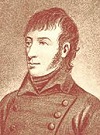

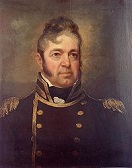











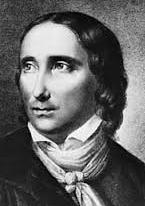










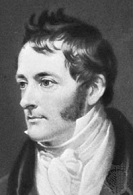





1803 After the Haitian Rev. and civil war damages Haiti's exports, S.C. reopens its slave trade, importing 40K Africans by 1807. By this year 40% of Calif.'s aborigine pop. has embraced Roman Catholicism thanks to the chain of Franciscan missions; European diseases reduce the pop. by two-thirds by 1833; Boston, Mass. Puritan merchant ship Lielya Byrd visits Calif., spending two weeks and making friends with Roman Catholic mission fathers, inaugurating a half-cent. of friendly relations. On Jan. 18 Thomas Jefferson sends a letter to Congress asking for $2.5K to pay for an expedition to the Pacific Ocean, which is later approved. On Feb. 19 Napoleon introduces the Act of Mediation to turn Switzerland into a federation of 19 cantons with a federal diet subservient to France; Grissons becomes a canton. On Feb. 19 Congress votes to accept Ohio's borders and constitution, and on Mar. 1 "Buckeye State" Ohio is admitted as the 17th U.S. state (free); there are now 8 free and 9 slave states, but N.J. is practically in the free camp; Xenia, Ohio (Gr. "xenia" = hospitality) in SW Ohio near Dayton is founded in an area known to the Shawnee as "place of the devil wind", and it is later hit by several severe tornadoes, incl. in 1974. Big day in U.S. history as the judiciary claims its turf? On Feb. 24 after Pres. Jefferson takes advantage of the failure of former secy. of state John Marshall (now U.S. chief justice) to deliver the commission to Federalist William Marbury to become justice of the peace in the District of Columbia, and orders his secy. of state James Madison not to deliver it, causing Marbury to appeal to guess what under the Judiciary Act of 1789 for a writ of mandamus compelling Madison to do so, the U.S. Supreme Court under clever John Marshall in Marbury v. Madison denies Marbury his commission, declaring that the act was unconstitutional, and that as chief justice he can't issue writs of mandamus, but at the same time he defuses the conflict between the admin. and the Federalist judiciary, while claiming the much greater new power of judicial review; the Supreme Court is now the supreme arbiter of the Constitution itself, and can declare acts of the Congress and U.S. pres. "unconstitutional"; "It is emphatically the province and duty of the judicial department to say what the law is"; since "the constitution is superior to any ordinary act of the legislature", "an act of the legislature, repugnant to the constitution, is void". On Mar. 3 the first impeachment trial of a U.S. judge John Pickering (1737-1805) begins; he is found guilty on Mar. 12, 1804 of decisions contrary to law and drunkeness, becoming the first U.S. federal official to be removed by impeachment. On Mar. 25 the Haputschluss (Final Recess) of the Reichsdeputations-Hauptschluss idemnifies the German princes who lost territory on the left bank of the Rhine River in 1801, elminating most of the ecclesiastical estates in Germany. In Mar. after stalling, the British evacuate Alexandria and give Egypt to the Turks, who install a viceroy. You know what I want, and I got what you need? Black slaves rock the whites' world in Haiti? On Apr. 7 Francois Dominique Toussaint L'Ouverture (b. 1744) dies in a French dungeon; the Haitian flag is created by tearing the white stripe from the French tricolor (get it?); on Nov. 18 after Haitian-born mulatto Jean-Pierre Boyer (1776-1850), who arrived with the French military in 1802 to put down the revolt switches sides when he learns they intend to reestablish slavery, the Haitians under pure African Gen. Jean Jacques Dessalines (1758-1806) defeat Napoleon's army at the Battle of Vertieres (Vertières) outside Cap-Haitien, securing the V of the former black slaves in Haiti over the French, who are suffering from yellow fever; 20K French troops are killed, and thousands of white colonists are massacred and the rest expelled; frustrated Napoleon now decides to sell French Louisiana; hence the slaves of Haiti save the U.S. from French takeover? On Apr. 12 France passes labor legislation outlawing unions while preventing employer combinations that act "unjustly or abusively" to lower wages and hours; workers (except agricultural and some unskilled) are required to carry a livret (passbook) that must be surrendered to the employer and validated. Might as well face it you're addicted to land? On Apr. 30 (Sat.) after the English refuse it, the 100M acre (828K sq. mi.) (2.14M sq. km.), 68M francs ($15M) Louisiana Purchase, negotiated for U.S. Pres. Thomas Jefferson by U.S. minister to France Robert R. Livingston, and surveyed by British-born Am. geologist George William Featherstonhaugh (1780-1866) is signed, reaching Washington, D.C. on July 4, doubling the size of the U.S. for less than 3 cents/acre by adding the La. Territory that stretches from the Gulf of Mexico in the S to Rupert's Land in the N, and from the Mississippi River in the E to the crest of the Rocky Mts. in the W, and prepares it for further expansion to the Pacific; it incl. the future states of Ark., Mo., Iowa, Okla., Kan., Neb., most of N.D. and S.D., Minn. W of the Mississippi River, NE N.M., N.Tex., Mont., Wyo., Colo. E of the Continental Divide, La. W of the Mississippi River (incl. New Orleans), and small portions of Alberta and Saskatchewan in Canada; on Oct. 20 the U.S. Senate ratifies it, and on Dec. 20 ownership of the territory is formally transferred from France to the U.S. in ceremonies held in Jackson Square in New Orleans (originally Plaza d'Armas); the largest state to be purchased (4th largest of the 50 states) is Montana; French privateer Jean Lafitte (1776-1854) (d. 1823?) establishes his own Kingdom of Baritaria in the swamps and bayous around New Orleans, claiming to command 3K men; too bad, aborigines aren't told they have to register ownership of their lands, allowing the federal govt. to claim them, incl. the La. Bayou, where oil cos. later make billions. On May 13 Mannheim is ceded to grand duke Karl Friedrich of Baden, and its fortifications demolished; the Palatinate cedes Heidelberg to him, and he becomes the patron of the U. of Heidelberg, restoring its prominence, founding the Grand Duchy of Baden on the E bank of the Rhine River in SW Germany in 1806 (until 1918). On May 13 the Second Anglo-Maratha (Mahratta) War (ends 1805) begins in C India between the British and the cool-dressing turbined bearded Hindu Mahrattas (Marathas) (cavalrymen) of C-W India (pop. 12M) and Sindhia of Gwalior; on Sept. 23 Sir Arthur Wellesley (later the Duke of Wellington) wins a decisive V at the Battle of Assaye, becoming his first major V, which he later calls his finest battlefield accomplishment. Not even fourteen months of peace in Europe and the dunderheads are at it again? On May 16 after the Maltese object to the Treaty of Amiens, and the British fail to evacuate, Britain declares war on France again, and the resulting Napoleonic Wars between France and various Allied coalitions last 11 years (until 1815); Adm. Horatio is appointed cmdr. of the British Mediterranean fleet, and blockades Toulon to stop a large French fleet under vice-adm. Pierre Charles Jean Baptiste Silvestre de Villeneuve (1763-1806) from invading England (until 1805). On May 22 the first public library in the U.S. opens in Salisbury, Conn. In May the slave ship Wanderer carrying Igbo and other tribesmen from Nigeria lands in Savannah, Ga.; too bad, as they are being transported to plantations on St. Simons Island on the York, 75 Igbo slaves rebel, kill the crew, then land in Dunbar Creek, after which they march singing into the water and commit mass suicide. On June 3 the Convention of Sulingen is signed with Prussia, requiring Hanoverian troops to withdraw over the Elbe River into Lauenberg; the Prussian minister, who tried to talk the king out of it resigns next year; on July 5 the Convention of Artlenburg, forced by Napoleon causes the army of the electorate of Hanover to be disbanded, after which 30K French occupy Hanover, pissing off George III of England, who on July 28 orders Lt. Col. Count Friedrich von der Decken (1769-1840), adjutant to Adolphus Frederick, duke of Cambridge to recruit the Hanoverian soldiers for the British army, causing them to emigrate to Lymngton, England, after which on Dec. 19 the King's German Legion is formed. On June 21 the West Indian island of St. Lucia, noted for the twin Pitons (Gros and Petit) comes under British rule. On July 23 the Society of United Irishmen, led by "the Irish Patriot" Robert Emmet (1778-1803) stage the disastrous poorly-planned Irish Insurrection (Rebellion) of 1803 in Dublin, which is suppressed by English CIC in Ireland gen. Henry Edward Fox (1755-1811) (son of Baron Henry Fox, who got rich as paymaster gen. in the Seven Years' War); on Oct. 21 United Irishmen leader Thomas Paliser Russell (1767-1803) is hanged and beheaded in Downpatrick Gaol; on Sept. 20 after telling his judges "Let no man write my epitaph", Emmett is hanged, drawn, and quartered in front of St. Catherine's Church on Thomas St. in Dublin after being held in the new Kilmainham Gaol (built 1796) in Dublin, which becomes infamous for maltreatment of prisoners, with men, women, and children not segregated and forced to live most of the time in the dark; more Irish are transported from Spike Island Prison in beautiful Cork harbor to Botany Bay to face cruel Gov. Captain William Bligh of "Mutiny on the Bounty" fame, incl. Michael Dwyer (1772-1825) of County Wicklow and his comrades Hugh Byrne, Martin Bourke and Arthur Devlin; at least the first Roman Catholic masses are permitted there by the "No Popery" Brits on the site of the future (1844) Church of St. Patrick in Sydney. On Aug. 17 Ft. Dearborn in Chicago, Ill. is built, named after U.S. war secy. (1801-9) Henry Dearborn. On Sept. 23 former gov. #1 (1796-1801) John "Nolichucky Jack" Sevier (1745-1815) is sworn in as gov. #3 of Tenn. (until Sept. 20, 1809); too bad, after losing a vote to become maj.-gen. of volunteer forces for Tenn. to Andrew Jackson, he insults his wife (since 1791) Rachel Donelson Robards Jackson with the soundbyte: "I know of no services you have rendered to this country other than taking a trip to Natchez with another man's wife", and after meeting outside Kingston, Tenn. on Oct. 1 and calling each other names, they call the duel off. On Oct. 31 the warship USS Philadelphia (launched Nov. 28, 1799), captained by William Bainbridge (1774-1833) founders on a reef near Tripoli, and is forced to surrender along with all 307 sailors; Tripoli adds the ship to their Muslim pirate navy. In Nov. after his counties of Winneburg and Beilstein (received by his family from the archbishop of Trier in 1637) are confiscated, Klemens von Metternich is sent to Berlin as Austrian ambassador, and he is granted the title of prince of the Austrian Empire, along with the lands of the abbey of Ochsenhausen as compensation; after Wirttemberg absorbs (mediatizes) his principality in 1806, he is allowed to retain his precious title and pass it on to his descendants - the aristocratic Borgs have completely assimilated him? On Dec. 12 the XII (12th) (Separate Election of President and Vice-President) amendment to the U.S. Constitution is sent by the Eighth Congress to the states for ratification (ratified 1804). Oxford, Ohio in the SW part of the state is set aside as the future side of educational institutions. Salisbury, Conn. opens a free library for children. Federal aid is sent to fire victims in Portsmouth, N.H. this year, setting a precedent later used to justify the creation of the Federal Emergency Management Agency (FEMA) in 1979; the N.H. Fire and Marine Insurance Co. is also founded to cover all bases. The landgraviate of Hesse-Cassel, famous for furnishing Hessian troops to help the Brits during the Am. Rev. War becomes an electorate under William II of Hesse-Cassel (1787-1867) (until 1867). Wahhabi leader Abd al-Aziz captures Mecca, and plunders Khazinat an-Nabawiyya (Prophetic Treasure) and other monuments to Muslim saints, covering the Kaaba with two sheets of black cloth called Qailan so that it won't be considered idolatry?); he is then is murdered in Deriye by a Shiite in revenge for the destruction of the shrine of al-Husayn in Karbala, and his son Sa'ud (Saud) ibn Abdul Aziz ibn Mohammed ibn Saud (Saud al-Kabeer) (-1814) becomes emir of Deriye (until 1814), capturing Medina. Mahmud Shah is ousted by his brother Shoja (Shuja) Shah Durrani (1785-1842), who becomes ruler of Afghanistan (until 1809). Little Britain, N.Y.-born DeWitt Clinton (1769-1828), nephew of U.S. vice pres. (since 1805) and N.Y. gov. #1 (1777-95, 1801-4) George Clinton becomes Dem.-Repub. mayor #47 of New York City (until 1810, then 1811-15); in 1811-13 he also becomes N.Y. lt. gov., followed by N.Y. gov. #6 in 1817-22 and 1825-8, going on to become known as "the Father of the Erie Canal". The first Russian expedition, led by naval officer Fabian Gottlieb von Bellinghausen (1778-1852) circumnavigates the globe. Fur trapper mountain man John Colter (OE "colt-herd") (1774-1813) becomes the first white man to enter Wyoming (Wyo.), later becoming a member of the Lewis and Clark Expedition. Van Diemen's Land is taken over by Britain, and used as a penal settlement (until 1853). After the news of Alexander Mackenzie's explorations turns on Scottish philanthropist Lord Thomas Douglas, 5th Earl of Selkirk (1771-1820) to the Lake Winnipeg and Red River area as a place to help the poor start a new life, he sends 900 poor Scottish farmers to settle Prince Edward Island and Upper Canada this year and next. Bird-watcher John James Audubon (b. 1785 in Haiti) is sent to the U.S. by his father to avoid being drafted into Napoleon's army, to family estate in Penn.; he later marries neighbor Lucy Bakewell. The College of William and Mary in Va. (founded 1693) founds the first school of modern history in the U.S. Chemistry is first offered as a subject by Am. colleges; Princeton U. had a prof. of chemistry in 1796. Ludwig van Beethoven enters his Heroic Period (ends 1812), featuring his most ppular works. After two big years (1800-1) of writing patriotic poems such as "Hohenlinden", Scottish poet Thomas Campbell (1777-1844) moves from Scotland to London, where he remains until the last year of his life, when he moves to Boulogne for his health. Robert Southey joins his friend Samuel Taylor Coleridge at Keswick in the Lake District of England, moving into Greta Hall for life. After becoming the first prof. architect in the U.S. Leeds, England-born Benjamin Henry Boneval Latrobe (1764-1820) is hired by his friend Pres. Jefferson to supervise construction of the U.S. Capitol, going on to supervise numerous projects in the Washington, D.C. area incl. the Washington Canal, Washington Navy Yard, Decatur House, St. John's Episcopal Church, and the porticos of the White House. The Technical College of Prague is founded. August von Kotzebue et al. found the Berlin periodical Der Freimutige (1803-7), which attacks the Romantic movement and Napoleon. French comic opera composer Francois Adrien Boieldieu (1775-1834) becomes chapel master to the Russian court at St. Petersburg (until 1812). After 4+ cents. of Bierzwang (Ger. "beer coercion"), where local authorities exclude beers brewed outside their walls, the Bierfreiheit (Ger. "beer freedom") is established in Germany under the influence of the Napoleonic conquest. After arriving in New York City last year and writing to Pres. Jefferson about needing to be naturalized to patent an invention, Irish-born (Roman Catholic) brewer Joseph Coppinger (-1825) founds Point Brewery in Pittsburgh, Penn. on the site of old Fort Pitt; in 1805 he enters a partnership to found a brewery in Jessamine County, Ky., resulting in a lawsuit that is settled by Rev. Stephen Theodore Badin, the first Roman Catholic priest ordained in the U.S.; in 1810 after moving to New York City he writes a letter to Pres. James Madison, proposing the establishment of a nat. brewery in Washington, D.C.; in 1815 he pub. The American Practical Brewer and Tanner, describing a method of malting Indian corn; on Apr. 6, 1815 after Jefferson saw an 1813 advertisement and wrote him expressing a desire to buy it, he writes a letter to ex-U.S. pres. Thomas Jefferson, proposing a subscription brewery in Washington, D.C.; Jefferson writes back, with the soundbyte: "In my family brewing I have used wheat as we do not raise barley." Architecture: The 60-mi. 4-lock Caledonian Canal, running between Moray Firth on the North Sea and Loch Linnhe on the Irish Sea, designed by James Watt in 1773 is begun by British engineer Thomas Telford (1757-1834) (opens 1823). San Souci Hotel is built in Ballston Spa, N.Y. (founded 1771) by real estate developer Nicholas Low (1739-1826), becoming the largest hotel in the U.S., attracting top politicians and the wealthy. Inventions: Henry Fourdrinier and Sealy Fourdrinier invent the Fourdrinier Screen for Robert's papermaking machine. Am. inventor Robert Fulton (1765-1815) invents the Side-Paddle Steamboat. The Shrapnel Shell, invented by British royal artillery lt. (later lt.-gen.) Henry Shrapnel (1761-1842) of England is adopted by the British army - when the fog rolls I keep seeing terrible things happening? Alan de Vilbiss invents the spray gun for delivering aerosol medication. Science: On Jan. 1 English chemist William Henry (1774-1835) pub. the paper Experiments on the Quantity of Gases Absorbed by Water, at Different Temperatures, and under Different Pressures, proposing Henry's Law, which states that the amount of dissolved gas is proportional to its partial pressure in the gas phase, with the soundbyte: "Water takes up, of gas condensed by one, two, or more additional atmospheres, a quantity which, ordinarily compressed, would be equal to twice, thrice, &c., the volume absorbed under the common pressure of the atmosphere." Jons (Jöns) Jacob Berzelius (1779-1848) of Sweden discovers the metallic element Cerium (Ce) (#58), the most abundant of the rare-earth group, named after the asteroid Ceres; the cerium metal group incl. #57 to #63 (lanthanum, cerium, praseodymium, neodymium, promethium, samarium, europium). The biggest scientific advance since ancient Greek times, and it takes a colorblind weather watcher? Colorblind English scientist John Dalton (1766-1844) proposes the modern Quantitative Atomic Theory of Matter, that it is composed of atoms of different weights that combine according to regular laws - it's like magic, good night Snow White? German scientist E.A. Inglefield puts two and two together with the recent discovery of infrared beyond the red, and proposes the existence of ultraviolet rays beyond the violet to explain Karl Wilhelm Scheele's 1777 experiment with silver chloride; too bad, he's too late. English chemist Smithson Tennant (1761-1815) discovers the rare (#61) metallic elements Osmium (Os) (#76) and Oridium (Ir) (#77) in platinum ores; the specific gravity of Ir (22.4) is exceeded only by Os (24), which is the most dense known substance; they are later used in the alloy osmiridium to strengthen platinum. Nonfiction: Ernst Moritz Arndt (1769-1860), Versuch einer Geschichte der Leibeigenschaft in Pommern und Rugen; helps end serfdom in Sweden. Claude Berthollet (1748-1822), Essai de Statique Chimique (2 vols.); disputes the doctrine of elective affinities with his Law of Mass Action. Joseph Black (1728-99), Lectures on the Elements of Chemistry (2 vols.) (posth.). Pieter Camper (1722-89), Oeuvres Qui Ont pour Objet l'Histoire Naturelle, la Physiologie et l'Anatomie Comparee (3 vols.) (Paris) (posth.). Lazare Carnot (1753-1823), Principes Fondamentaux de l'Equilibre et du Mouvement; first points out the energy of position in a gravitational field (potential energy) as separate from energy of motion (kinetic energy). Adamantios Coraes (1748-1833), Present Conditions of Civilization in Greece. J.N. Forkel (1749-1818), Life of Johann Sebastian Bach. Jakob Friedrich Fries (1773-1843), Reinhold, Fichte und Schelling. Rene Just Hauy (1743-1822), Traite Elementaire de Physique; proposes that crystals are made up of tiny cubes or polyhedra. Jean-Baptiste de Lamarck (1744-1829), Recherches sur l'Organisation des Corps Vivants. Joseph Lancaster, Improvements in Education as It Respects the Industrious Classes. Friedrich Carl von Savigny (1779-1861), Das Recht das Besitzes: Eine Civilistische Abhandlung (The Law of Property); argues that in Roman law possession always refers to "usucapion" (interdicts), and does not incl. a right to continued possession but only to immunity from interference, because posstssion is based on the consciousness of unlimited power; ends the old uncritical study of Roman law, making him a star of the German historical school of jurists. Jean-Baptiste Say (1767-1832), A Treatise on Political Economy (Traite d'Economie Politique); proposes Say's Law of Markets, that there can never be a gen. deficiency of demand or gen. glut of commodities in the whole economy, with the soundbytes "Products are exchanged for products", and "A glut can take place only when there are too many means of production applied to one kind of product and not enough to another"; makes converts to economic liberalism but pisses off Napoleon, who forces his retirement from the Committee of Finance. Music: Ludwig van Beethoven (1770-1827), Sonata for Violin and Piano, Op. 47 ("Kreutzer"). Carl Maria von Weber (1786-1826), Peter Schmoll and His Neighbors (opera) (Augsburg); a success, getting him the job of dir. of the Breslau Opera in 1806; too bad, his attempts at reform are resisted, and he quits in 1807, then gets charged with embezzlement in 1810 and banished from Wurttemberg, allowing him to bounce around to Prague, Berlin, and Dresden. Art: William Blake (1757-1827), The Angel of the Revelation (1803-5). John Sell Cotman (1782-1842), Ruins of Rievaulx Abbey. Jean-Antoine Houdon (1741-1828), Robert Fulton (sculpture) (1803-4). Joseph Anton Koch (1768-1839), Landscape with Noah. Sir Henry Raeburn (1756-1823), The Macnab; becomes the logo for John Deward and Sons Ltd. of London. J.M.W. Turner (1775-1851), Calais Pier. Benjamin West (1738-1820), Christ Healing the Sick. Plays: George Colman the Younger (1762-1836), John Bull; or, An Englishman's Fireside (comedy); his biggest hit. Thomas Dibdin (1771-1841), and William Reeve (1757-1815), Family Quarrels; or, The Jew and the Gentle (comic opera) (Covent Garden Theatre, London) (Dec. 18); stars comedian John Fawcett as Proteus, John Braham as Charles Supplejack, and Charles Incledon as Foxglove. James Kenney, Raising the Wind; about Jeremy Diddler, a real diddler (swindler). Heinrich von Kleist (1777-1811), Die Familie Schroffenstein (Ghonorez) (tragedy) (debut). William Reeve (1757-1815), The Caravan (comic opera) (Drury Lane, London); features an onstage water tank into which Carlos the Wonder Dog leaps to rescue a drowning child, becoming such a big hit that Sadler's Wells Theatre installs a 3-ft.-deep 8K gal. water tank beneath the stage, and after becoming co-owner and dir. of music, Reeve writes and produces about 80 musicals with librettos by Dibdin. Johann Christoph Friedrich von Schiller (1759-1805), Die Braut von Messina (tragedy) (Mannheim). Poetry: William Cowper (1731-1800), The Castaway; his spiritual torment; On the Loss of the Royal George; To Mary (posth.); his friend Mary Unwin (1724-96). Willem Leevend and Rhyijnvis Feith (1753-1824), De Ouderdom. Johann Peter Hebel (1760-1826), Alemannische Gedichte; "Bucolicize the whole world in the most attractive manner" (Goethe); Schatzkästlein des Rheinischen Hausfreundes (Treasure Chest of the Family Friend by the Rhine); giant hit in Germany. Thomas Moore (1779-1852), Odes and Epistles. Novels: Charles Brockden Brown (1771-1810), Memoirs of Carwin the Biloquist (1803-5). Ellis Wynn o Lasynys (1671-1734), Visions of the Sleeping Bard (Gweledigaetheu y Bardd Cwsc); satire on worldly follies; greatest Welsh prose work of modern times? Charles Nodier (1780-1844), Le Peintre de Salzbourg, Journal des Emotions d'un Tour Souffrant, suivi des Meditations du Cloitre; miserable Charles wants the monasteries to be restored. Jane Porter (1776-1850), Thaddeus of Warsaw; the 1790s Polish independence struggle; praised by Thaddeus Kosciusko. Births: British "Black-Eyed Susan" writer-dramatist ("the little Shakespeare in a camlet cloak") Douglas William Jerrold (d. 1857) on Jan. 3 near Cranbrook, Kent; grows up in Sheerness. English gen. Sir James Outram, 1st Baronet (d. 1863) on Jan. 29 in Butterley, Devonshire. Am. Civil War Confed. gen. Albert Sidney Johnston (d. 1862) on Feb. 2 in Washington, Ky.; serves in the U.S. army from 1826-34; in 1838 becomes secy. of war of the Repub. of Tex.; returns to the U.S. Army in 1849, then resigns in 1861 to join the Confeds., becoming their top gen. until Robert E. Lee. German poetic naturalist Karl Friedrich Schimper (d. 1867) on Feb. 15 in Mannheim. Am. Sutter's Fort founder John Augustus Sutter (Johan August Suter) Sr. (d. 1880) on Feb. 20 in Kandern, Baden, Germany; grows up in Neuchatel, Switzerland; father of John Augustus Sutter Jr. (1826-97). French "Night Patrol at Smyrna", "Monkey Connoisseurs" Romantic painter Alexandre Gabriel Decamps (d. 1860) on Mar. 3 in Paris; studies with Abel de Pujol; #1 French colorist; known for Oriental and Biblical subjects, and satires of Charles X. Irish-Am. Procter & Gamble co-founder James Gamble (d. 1891) on Apr. 3 in Enniskillen; son William Gamble marries Fanny (Franzeska) Wilhelmina Nast, daughter of Methodist preacher William Nast, and she becomes the first female grad. of German Wallace College in Berea, Ohio. English adventurer Sir James Brooke, Rajah of Sarawak (d. 1868) on Apr. 29 in Bandei, Hooghly, British India. German chemist ("the Father of Aricultural Chemistry/Fertilizer Industry") ("the Farmer's Chemist") Justus von Liebig (d. 1873) on May 12 in Darmstadt, Hesse; father owns a dye shop; educated at the U. of Erlangen; develops the Oxo beef bouillon cube. Mexican pres. (1863-4) Gen. Juan Nepomuceno Almonte (d. 1869) on May 15 in Nocupetaro, Caracuaro, Michoacan; alleged son of Jose Maria Morelos (1765-1815) and pure aborigine Brigida Almonte. English "Jorrocks' Jaunts and Jollities" sporting novelist Robert Smith Surtees (d. 1864) on May 17 in Durham. English "Pelham" novelist-playwright-politician (Rosicrucian) Edward George Earle Lytton Bulwer-Lytton, 1st Baron Lytton (d. 1873) on May 25 in London; educated at Trinity College, Cambridge U.; coins the phrases "the great unwashed", "the pen is mightier than the sword", "dweller on the threshold", "pursuit of the almighty dollar", and "It was a dark and stormy night." New England Unitarian Transcendentalist leader Ralph Waldo Emerson (d. 1882) on May 25 in Boston, Mass.; educated at Harvard U. English linguist-writer George Henry Borrow (d. 1881) on July 5 in East Dereham, Norfolk. Canadian rev. leader Thomas Storrow Brown (d. 1888) on July 7 in St. Andrews, N.B. Am. brand-challenged Texas cattleman (San Antonio, Tex. mayor #4, 1839-40) Samuel Augustus Maverick (d. 1870) on July 23 near Pendleton, S.C.; grandfather of Maury Maverick Sr. (1895-1954); educated at Yale U.; namesake of the term "maverick"; not to be confused with Mass. colonist Samuel Maverick (1602-70). French "Giselle", "Le Corsaire", "O Holy Night" composer-critic Adolphe Charles Adam (d. 1856) on July 24 in Paris; son of Louis Adam (1758-1848); teacher of Leo Delibes. Am. naval engineer and inventor John Ericsson (d. 1889) on July 31 in Langbanshyttan, Sweden; emigrates to the U.S. in 1848; inventor of the screw propeller, and builder of the "Monitor". English Crystal Palace architect Sir Joseph Paxton (d. 1865) on Aug. 3 in Milton Bryan, Bedfordshire. British Paulet Affair Adm. Lord George Paulet (d. 1879) on Aug. 12. Am. statesman-diplomat and U.S. Supreme Court justice #34 (1858-81) Nathan Clifford (d. 1881) on Aug. 18 in Rumney, N.H.; of old Yankee stock; great-great-grandmother Anna Smith was the accuser of Goody Cole. Belgian "Episode of the Belgian Revolution of 1830" Romantic painter Egide Charles Gustave, Baron Wappers (d. 1874) on Aug. 23 in Antwerp; teacher of Ford Madox Brown. Am. Presbyterian theologian Edward Beecher (d. 1895) on Aug. 27 in East Hampton, N.Y.; son of Lyman Beecher (1775-1863); educated at Yale U. U.S First Lady #11 (1845-89) Sarah Childress Polk (d. 1891) on Sept. 4 near Murfreesboro, Tenn.; wife (1824-) of James Knox Polk. Am. activist-preacher (Calvinist-to-Universalist-to-Roman Catholic convert) Orestes Augustus Brownson (d. 1876) on Sept. 16 in Stockbridge, Vt. English textile manufacturer Sir Titus Salt, 1st Baronet (d. 1876) on Sept. 20; created baronet in 1869. U.S. adm. Samuel Francis du Pont (d. 1865) on Sept. 27 in Bergen Point (Bayonne), N.J.; son of Victor Marie du Pont de Nemours (1767-1827). French "Carmen" Romantic writer-dramatist-archeologist-historian (novella pioneer) Prosper Merimee (Mérimée) (d. 1870) on Sept. 28 in Paris; educated at the Lycee Naoleon (Henry IV); known for trans. Russian lit. into French. French Sturm-Liouville Theory mathematician Jacques Charles Francois Sturm (d. 1855) on Sept. 29 in Geneva, Switzerland; of German descent. German physicist-meteorologist Heinrich Wilhelm Dove (d. 1879) on Oct. 6 in Liegnitz. English architect-inventor (of the Hansom Cab) (Roman Catholic) Joseph Aloysius Hansom (d. 1882) on Oct. 26 in York. Russian adm. Yevfimy Vasilyevich Putyatin (d. 1883) on Nov. 8. Am. "American Slavery As It Is" abolitionist leader Theodore Dwight Weld (d. 1895) on Nov. 23 in Hampton, Conn.; husband (1838-) of Angelina Grimke (1805-79). Austrian Doppler Effect mathematician-physicist Christian Andreas Doppler (d. 1853) on Nov. 29 in Salzburg. Canadian brewer John Kinder Labatt (d. 1866) in Queen's County, Ireland; emigrates to Canada in the 1830s. German architect Gottfried Semper (d. 1879) on Nov. 29 in Altona. Am. Tex. secy. of war #1 (1836-7)_ and U.S. Tex. sen. (1846-57) Thomas Jefferson Rusk (d. 1857) on Dec. 5 in Pendleton, S.C. French "Symphonie Fantastique" Romantic composer Hector Berlioz (d. 1869) on Dec. 11 in La Cote-Saint-Andre (near Grenoble); atheist father, Roman Catholic mother; likes to conduct concerts with 1K musicians. Irish novelist-dramatist Gerald Griffin (d. 1840) on Dec. 12 in Limerick. Am. Tex. Supreme Court chief justice and U.S. Sen. (D-Tex.) (1959-61) John Hemphill (d. 1862) on Dec. 18 in Chester District, S.C.; Northern Ireland immigrant father, Scots-Irish descent mother; educated at Jefferson College; known for living with his black Slave Sabina for over a decade and having two daughters by her. U.S. "Fifty-Four Forty or Fight" Dem. Ohio gov. #31 (1874-6) and U.S. Sen. (1837-49) William Allen (d. 1879) on Dec. 18/27 in Edonton, N.C. English screwy mechanical engineer Sir Joseph Whitworth (d. 1887) on Dec. 21 in Stockport. Estonian writer ("Father of Estonian Nat. Lit.") Friedrich Reinhold Kreutzwald (d. 1882) on Dec. 26 (Dec. 14 Old Style) in Kadrina. English comedian Charles James Mathews (d. 1878) on Dec. 26 in Liverpool; son of Charles Mathews (1776-1835). Korean sirhak scholar Ch'oe Han-gi (d. 1875). Canadian writer Susanna Moodie (d. 1885) in Suffolk, England. Deaths: Am. DOI signer Francis Lewis (b. 1713) on Dec. 30. German poet Johann Wilhelm Gleim (b. 1719) on Feb. 18 in Halberstadt. Italian painter Domenico Corvi (b. 1721) in Rome. Am. theologian Samuel Hopkins (b. 1721) on Dec. 20. Am. Rev. leader Edmund Pendleton (b. 1721) on Oct. 23; "Taken in all he was the ablest man in debate I ever met" (Thomas Jefferson). Am. Rev. leader and Boston lager brewer Samuel Adams (b. 1722). English sculptor Joseph Wilton (b. 1722) in London; dies broke after squandering daddy's fortune and giving up sculpting. German poet Friedrich Gottlieb Klopstock (b. 1724) on Mar. 14 in Hamburg. Swiss (Genevan) physicist Georges-Louis Le Sage (b. 1724) on Nov. 9 in Geneva, France. Am. journalist Benjamin Edes (b. 1732) on Dec. 11 in Boston, Mass. Italian mathematician Gregorio Fontana (b. 1735) on Aug. 24 in Milan. French playwright Jean-Francois de La Harpe (b. 1739) on Feb. 11 in Paris. French novelist-gen. Pierre Ambroise Francois Choderlos de Laclos (b. 1741) on Sept. 5 in St. Francis of Assisi Convent, Taranto, Italy. French mystical philosopher Louis Claude de Saint-Martin (b. 1743) on Oct. 23 in Aunay (near Paris). German poet-philosopher Johann Gottfried von Herder (b. 1744) on Dec. 18 in Weimar; leaves the unfinished Outline of a Philosophy of the History of Man, which founds the philosophical school of historical thought, stressing that "one must go into the age, into the religion, into the whole history, and feel one's way into everything" to become the "regenerated contemporary" of the past, treating history as a science and an "instrument of the most genuine patriotic spirit"; "Compare England with Germany: the English are Germans, and even in the latest times the Germans have led the way for the English in the greatest things"; "National glory is a deceiving seducer. When it reaches a certain height, it clasps the head with an iron band. The enclosed sees nothing in the mist but his own picture; he is susceptible to no foreign impressions"; "Notwithstanding the varieties of the human form, there is but one and the same species of man throughout the whole earth"; "A human soul is an individual in the realm of minds: it senses in accordance with an individual formation, and thinks in accordance with the strength of its mental organs... My long allegory has succeeded if it achieves the representation of the mind of a human being as an individual phenomenon, as a rarity which deserves to occupy our eyes." Irish-born Am. "Father of the U.S. Navy" Commodore John Barry (d. 1745) on Sept. 13 in Philadelphia, Penn. Dutch writer Hieronymus van Alphen (b. 1746) on Apr. 2 in The Hague. Italian dramatist Vittorio Alfieri (b. 1749) on Oct. 8 in Florence; last words: "Clasp my hand, dear friend, I'm dying." French painter Adelaide Labille-Guiard (b. 1749) on Apr. 24. German writer Wilhelm Heinse (b. 1749) on June 22 in Aschaffenburg. Swiss Argand lamp chemist Aime Argand (b. 1750) on Oct. 14 in Geneva (Malaria). German mystic Karl von Eckartshausen (b. 1752) on May 12 in Munich; leaves The Cloud upon the Sanctuary (Die Wolke uber dem Heiligtum), calling for the creation of the secret Council of Light, a body of living and dead mystics, which becomes a hit with occultists incl. the Order of the Golden Dawn. Austrian composer Franz Xaver Sussmayer (b. 1766) on Sept. 17 in Vienna; completed Mozart's "Requiem". Irish rebel leader Thomas Paliser Russell (b. 1767) on Oct. 21 in Downpatrick Gaol (hanged and beheaded). British surgeon-explorer George Bass (b. 1771) in Feb. Irish rebel leader Robert Emmet (b. 1778) on Sept. 20 in Dublin (hanged and beheaded).













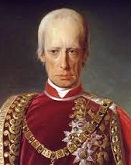






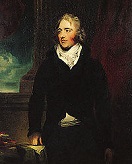










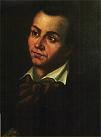


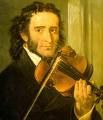



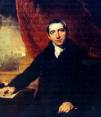


1804
Hey don't get mad, don't be mean, but I see you with my t-shirt on my head?
On Jan. 1 after a 2-year war the Repub. of Haiti
is declared by Gen. Jean Jacques Dessalines, who declares himself emperor Jacques I (gov.-gen. for life), becoming the first repub. on Earth to be led
by a man of African descent; France doesn't recognize Haiti until 1838.
On Jan. 26 justice (since Apr. 21, 1800) Alfred Moore resigns, and on May 7 after Pres. Johnson nominates him on Mar. 22,
Charleston, S.C.-born William Johnson (1771-1834)
becomes U.S. Supreme Cout justice #14 (until Aug. 4, 1834), becoming the first non-Federalist, known for frequent articulate dissents from the Federalist majority.
At long last, a victory for the oppressed Christians against the Muslim Ottoman Empire?
On Feb. 14 the Massacre of the Serbian Knights (Seca Knezova) (Knezes) in the C square of Valjevo, Serbia on Jan. 23-29
by the Janissary dahias triggers the First Serbian Uprising against four cents. of Ottoman rule, led by Grand Leader (Veliki Vozd)
Karadorde (Djordje) "Black George" Petrovic (1768-1817) (ends Oct. 7, 1813).
On Feb. 15 N.J. becomes the last Northern U.S. state to abolish slavery, joining R.I., Penn., Mass., N.H., Conn., Vt., N.Y., and Ohio; there are now 9 free and 8 slave states.
At long last, a victory for the oppressed Christians against the Muslim Ottoman Empire is degraded by the secular U.S. into a non-event?
On Feb. 16 U.S. Navy Lt. Stephen Decatur Jr. (1779-1820)
leads a successful raid into Tripoli Harbor to burn the captured anchored U.S. Navy frigate USS Philadelphia, earning him the praise of British adm. Horatio Nelson,
who calls it "the most bold and daring act of the age", along with a promotion to capt.; Pope Pius VII credits the U.S. with doing "more for the cause of Christianity than
the most powerful nations of Christendom have done for ages", causing James Madison and Thomas Jefferson to rebuff him, claiming that they exhibit "universal toleration
in matters of religion" and it was only about national interest - the fatal blindness of the fledgling U.S. would make Osama bin Laden laugh?
On Feb. 21 the Fulani War (Jihad) in modern-day Nigeria and Cameroon begins when Suni Maliki Muslim teacher
Usman dan Fodio (Usuman bii Foduye) (1754-1817) (Qadiri Sufi) is exiled from Gobir by his former student
King (since 1801) Yunfa, pissing him off and causing him to assemble a Fulani army to wage jihad against the Hausa kingdoms of N Nigeria,
losing the Battle of Tsuntua in Dec., losing 2K KIA incl. 200 hafiz, then capturing Kebbi and Gwandu in 1805, making
Gwandu into their base, then capturing the Gobir capital of Aikalawa in Oct. 1808 and executing Yunfa, establishing the
Sokoto Caliphate in 1809 (ends 1903), which becomes one of the largest states in Africa this cent., inspiring other jihads in W Africa.
On Feb. 25 a Repub. congressional caucus nominates Thomas Jefferson again for pres., and dumps "the Great American Rascal", "the Napoleon of the West" Aaron Burr for
George Clinton of New York for vice-pres.; the Federalist party is in disarray, and ends up supporting Charles Cotesworth Pinckney of S.C. for pres.. and
Rufus King (1755-1827) of N.Y. for vice-pres.
On Feb. 27 the U.S. Supreme (Marshall) Court unanimously rules in Little v. Barreme
that the U.S. pres. doesn't have "inherent authority" or "inherent powers" to ignore a law passed by the U.S. Congress.
In Feb. a conspiracy against Napoleon centered around "Club Moreau" is discovered in Paris, causing Gen. Jean Victor Moreau
to flee to the U.S., settling in Trenton, N.J. until 1812; Moreau could have done it, but he wanted no part of a plot to restore the monarchy, as did his Brech, Brittany-born co-conspirator
Georges Cadoudal (b. 1771), who is guillotined at Vincennes on June 25; gen.
Jean Charles Pichegru (b. 1761) dies mysteriously in prison on Apr. 5, found strangled; on Mar. 21 he goes too far when he has
Louis-Antoine-Henri de Bourbon-Conde, Duc d'Enghien (b. 1772), a relative of the
French Bourbon monarchs (and therefore a threat?) executed for a trumped-up plot against him, making the aristocrats of Europe equate him with the French Rev. era and lose their
hero worship of him, after which Joseph Fouche (Antoine Boulay de la Meurthe?) (Talleyrand?) utters the soundbyte "It is more than a crime; it is a political mistake";
Leo Tolstoy covers the incident in the opening book of his "War and Peace".
On Mar. 21 the French civil Code Napoleon (Napoleonic Code) (Code Civil des Francais) is proclaimed by Napoleon I, giving
religious freedom to the 480K Calvinists and 200K Lutherans in France, with the state paying the salaries of the pastors.
On Mar. 26 the U.S. Land Act of 1804 makes it easier for settlers to purchase western lands by reducing the price per acre to $1.64,
and setting the minimum purchase at 160 acres, which becomes the traditional U.S. homestead.
On Apr. 25 U.S. consul to Tunis and new U.S. agent to the Barbary States William Eaton
starts a military campaign against the Barbary nations sans authorization, hiring mercenaries then demanding the surrender of Derna, 2nd largest port after Tripoli, pissing-off
Pres. Jefferson, who sends Tobias Lear to negotiate and orders Eaton to withdraw.
On May 3 and May 25 Prussia and Russia mutually pledge to take up arms only in the event of a French attack upon Prussia or further aggression in N Germany; in Aug. after the
Prussian cabinet won't go for more vigorous action against Nappy (esp. demanding that French troops leave Hanover),
Christian von Haugwitz is replaced as Prussian foreign minister by Prince Karl August von Hardenberg (1750-1822),
who sets a policy of rapprochement with France, causing Haugwitz to kibbutz from the sidelines hoping that Nappy will make a mistake.
On May 10 after an assult on his war policies by the Genvillies, Foxites, and Pittites, British PM (since Mar. 17, 1801) Henry Addington resigns, and former PM (1783-1801)
William Pitt the Younger becomes PM of England again (until Jan. 23, 1806), and his Protestant Irish friend
Robert Stewart, Viscount Castlereigh (1769-1822)
becomes secy. of state for war and the colonies (until 1806); next Jan. after Pitt arranges it, Addington becomes lord pres. of the council, with the peerage of Viscount Sidmouth
to prevent him from sitting in the House of Commons.
Let us drink to Ricardo Montalban as Khan, er, Napoleon as Emperor?
On May 18 the French Senate and Tribunate proclaim Napoleon Bonaparte as Emperor Napoleon I, and a plebiscite ratifies it by 3,572,329 to 2,569; the
Marquis de Lafayette opposes it; on Dec. 2 after being persuaded by his uncle Cardinal Joseph Fesch (appointed French ambassador to Rome this year, while
Francois-Rene de Chateaubriand is appointed secy. of the legation to the Holy See by Napoleon, accompanying Fesch to Rome, only to quarrel, getting reappointed
as minister to Valais, Switzerland), Pope Pius VII assists in his coronation
in Paris, but Nappy insists on a magic moment, placing the crown on his own head; Nappy revives absolute monarchy while modernizing it, basing it on achievement
rather than birth, except when it comes to his succession, which goes to his male heir (incl. adopted children of his brothers), and then to his brothers;
he makes "Code Napoleon" man Jean Jacques Regis, duc de Cambaceres high chancellor of the empire, and resurrects pre-French Rev. finance minister
Nicolas-Francois Mollien (1758-1850),
making him a count in 1808; this all causes Beethoven to lose his respect for his hero,
tear up
the title page, and change the name of his newly-created E-flat
Third (3rd) Symphony, Op. 55
from Bonaparte Symphony (New Groves) to Eroica (Heroic) in May, allowing the published ms. to carry the inscription "Composed to celebrate
the memory of a great man", but not Napoleon, whom he calls a "tyrant"; it is dedicated to Lobkowitz, and first performed privately in Aug.; on Nov. 13 the
Shroud of Christ
is shown privately to Pope Pius VII at Turin en route from Rome to Paris to crown Napoleon.
The first 7-11 in New Jersey, and the clerk gets shot?
The thought that the Louisiana Purchase could lead to loss of relative importance of New England leads Mass. Sen. Thomas Pickering to form the
Essex Junto,
a group of men from Essec County, Mass. who prefers secession from the Union to this fate; members incl. Fisher Ames, Mass. sen. George Cabot,
Judge John Lowell and his son John "the Rebel" Lowell, former U.S. state secy. Timothy Pickering, merchant Stephen Higginson, Mass. Supreme Court justice
Tapping Reeve, and Theophilus Parsons, most of them the same people who run
Harvard U.,
who get secret intel from the British East India Co.?; they enlist vice-pres. Aaron Burr into their scheme to link New York
with New England, which depends on him winning the governorship of N.Y., but former U.S. treasury secy.
Alexander Hamilton (1757-1804)
contributes to Burr's defeat in the N.Y. gov. race in Apr. by the Repub. candidate, calling Burr "a dangerous man, and
one who ought not to be trusted with the reins of government"; this leads them to engage in a
pistol duel on July 11 (7-11) at dawn in
Weehawken, N.J.
on a grassy ledge above the Hudson River (at the end of the modern-day Lincoln Tunnel);
(after standing back-to-back and then taking 10 paces?) Hamilton fires wild (over his head?) and is shot through the heart and killed by Burr,
shouting "This is a mortal wound" (did he give away the shot, or was he shot first and couldn't aim?);
Burr calmly goes home and has breakfast with a friend, not even mentioning the duel, and is later charged with two counts of murder, but continues
to preside over the Senate and is never brought to trial for it; in 1806 Long Island, N.Y. Presbyterian minister
Lyman Beecher (1775-1863) gives a famous sermon
The Remedy for Dueling,
lambasting dueling's code of honor, which is widely distributed around the U.S.; after
black slaves
also begin demanding their rights to duel to protect their honor around 1816, dueling among whites begins to slack off? - it suddenly looks so savage?
The Lewis and Clark Expedition, or, The Original Mild-Mannered Forensic Anthropologist, or, White Devils Visit the Unsuspecting Indians?
On May 14 Virginians Capt. Meriwether Lewis (1774-1809)
(the ugly one) and 2nd Lt. William Clark (1770-1838)
(the handsome one), leading the 45-man Lewis and Clark (Corps of Discovery) Expedition (ends Sept. 1806)
(named by carpenter Louis Glass) ($2.5K in expense money allotted by Congress) push their three boats carrying 30 tons of supplies into the
Missouri River from Camp Wood near St. Louis, say goodbye to the cheering French village of St. Charles, and set out to explore the Am. West, looking for a water
route to the Pacific; Clark is accompanied by his black slave York (1770-1831),
and Lewis by his 150-lb. Newfoundland dog Seaman (purchased for $20 in Pittsburgh, Penn.);
they carry a 22-shot rifle; on
July 7 they leave St. Joseph, Mo. along the Missouri River; when one of their boats proves too big to cross a certain point in the river, they
send it back with 7 men; in Nov. after portaging the Great Falls, they stop and spend the winter in North Dakota at the Hidatsa-Mandan village
winter camp (who are friendly even though suffering from white man's smallpox?) on the banks of the frozen Missouri River; they hire
Hidatsa (Lemhi Shohone?) Indian interpreters Sacagawea (Sacajawea) (Sakakawea) (1788-1812)
(pr. suh-KAH-guh/juh-WEE-uh) (Hidatsa "bird woman") (Shoshone "boat launcher or puller") and her fur trader husband
Toussaint Charbonneau (1717-1843);
her child Pompy (Jean Baptiste) goes along; they name the Nez Pierce ("pierced nose") Indians from you know what; the Arikaras try to bring bear
spirits to life from clay models and call on the grizzlies to stop the white devils from destroying their way of life?
On July 27 after the bad experiences with Thomas Jefferson and Aaron Burr, the Twelfth (12th) (XII) Amendment
to the U.S. Constitution is ratified, requiring separate votes for pres. and vice-pres., starting with this year's election.
On Aug. 11 HRE Francis II proclaims himself Austrian emperor Francis I (Franz) (1768-1835)
in anticipation of giving up his title of HRE, and the Austrian Empire begins (ends 1867).
On Sept. 21 (St. Matthew's Day) the San Mateo II Hurricane
devastates Puerto Rico (first was in 1575).
On Sept. 27 after five failed attempts and a reward offered by Archduke

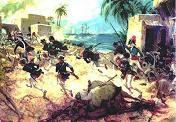

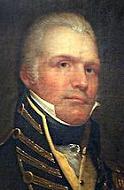
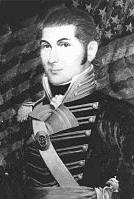



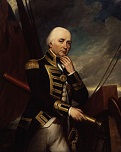
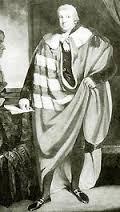
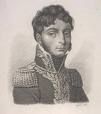



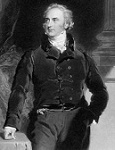



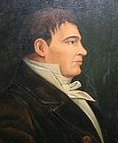
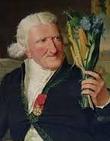


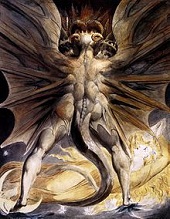
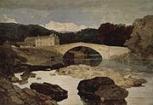
1805 The total state expenditure of Great Britain this year is a whopping £62.8M. On Jan. 11 Michigan Territory is created by an act of Congress. On Feb. 15 George (Johann George) Rapp (1757-1847) and his Rappists (Rappites) (Harmonists) (Harmonites) of Iptingen, Germany found the Harmony Society in Butler County, Penn., which soon grows to a pop. of 800 and becomes highly profitable, allowing them to sell it at a 10x profit in 1814 when they move to Indiana - lame white rapper jokes here? On Mar. 1 the pop. of Saint-Constant S of Montreal in Quebec send a petition to Napoleon asking them to help them rejoin France and "regain the glorious name of Frenchmen"; he doesn't do anything after his big D at Trafalgar. On Mar. 4 U.S. pres. #3 Thomas Jefferson is inaugurated for a 2nd term in the 5th U.S. pres. inauguration; former N.Y. gov. George Clinton (1739-1812) becomes the 4th U.S. vice-pres.; in his Second Inaugural Address, Jefferson issues the famous last words soundbyte: "The suppression of unnecessary offices, of useless establishments and expenses, enabled us to discontinue our internal taxes... What farmer, what mechanic, what laborer ever sees a tax-gatherer of the United States?" From the dern shores of tripping Monty Hall? On Mar. 6 a force of 500 Arab and Greek mercenaries and 54 U.S. Marines and soldiers led by Gen. William Eaton (1764-1811) and USMC First Lt. Presley Neville O'Bannon (1776-1850) leave Alexandria, Egypt on a 600-mi. trek to Cyrenaica (Libya), experiencing mutinies by the Muslim mercenaries before reaching the port city of Bomba, Libya, meeting the USS Nautilus under Oliver Hazard Perry, the USS Hornet under Samuel Evans, and the USS Argus under Isaac Hull, who pay the mercenaries and resupply them; on Apr. 27-May they capture the city of Derna (Derne) in NE Libya on "the shores of Tripoli" in the first overseas land combat by U.S. troops, ending the First Barbary War (begun 1801); after negotiations by U.S. envoy (Pres. Washington's personal secy. in 1784-99) Tobias Lear (1762-1816), it is returned to Ottoman control, and Derna is turned into a slave port; Eaton becomes a U.S. nat. hero; on Dec. 8 O'Bannon is presented with a Mameluke sword by the Ottoman viceroy, and later awarded a clone by his home state of Va., causing the USMC to begin issuing Mameluke swords to all commissioned officers for their dress uniforms in 1825; the U.S Marine Corps Hymn later celebrates the big V: "From the halls of Montezuma, to the shores of Tripoli,/ we fight our country's battles in the air, on land and sea"; they have to wait for the 1848 Mexican War to capture the halls of Montezuma too; verse 3: "If the Army and the Navy/ Ever look on Heaven's scenes/ they will find the streets are guarded/ By United States Marines." On Mar. 14 Albanian former tobacco vendor and Ottoman army lt. Mehmet (Muhammad) Ali (1769-1849) becomes gov. of Egypt, and pasha 2 mo. later on May 17 (until 1848); modern Egypt is born. On Mar. 15 the Repub. of Italy is scrapped, and the short-lived Kingdom of Italy is established (ends 1814) at Paris. On Mar. 28 the Bureaus of Charity (Bureaux de Bienfaisance) are centralized in France, and the ban on private and religious charitable foundations is lifted. On Mar. 29 Congress approves the construction of the Great Nat. Pike (Road), AKA the Nat. Road, AKA the Cumberland Road (begun in 1815, finished 1850), becoming the first federally-funded road system - what was that about farmers and mechanics never seeing a tax collector? On Apr. 11 Britain and Russia sign the Treaty of St. Petersburg, later joined by Austria and Sweden, forming the Third Coalition against France, which has been at war with Britain since May 16, 1803, causing Napoleon to abandon his planned invasion of Britain from four new French harbors (Ambleteuse, Wimereux, Boulogne, Etaples) and march his troops to Austria to kick their butts first. On May 20 Haiti adopts its (2nd) 1805 Haiti Constitution. On May 26 Napoleon is crowned king of Italy in Milan Cathedral. In the summer Aaron Burr sails to La. Territory from Pittsburgh in a lavish flatboat to meet with tainted Am. Rev. War hero Gen. James Wilkinson (1757-1825), who had been appointed as gov., and hatches the Burr Conspiracy to secede the territory W of the Alleghenies, incl. Tenn., Ky., Miss., and La., and form an independent repub. in the Mississippi Valley with British support. On July 4 the U.S. signs a treaty with the Wyandot; with the Sioux on Sept. 23. The pissed-off Serbs recapture Valjevo, Pozarevac and siege Belgrade, then chase the Janissary dahias to the island of Ada Kaleh on the Danube River and kill them, but when the Ottoman sultan attempts to negotiate with them they blow him off, causing him to send troops against them; on Aug. 18 the Battle of Ivankovac near Cuprija on the Great Moldava River sees 15K Turks under Hafiz Pasha outwitted and defeated by 2.5K Serbs under Karadorde Petrovic, forcing them to retreat to Nis, signalling the beginning of their downward slide in the Balkans. On Sept. 26 Napoleon's army crosses the Rhine River, executing "the greatest change of front ever known" (Philippe de Segur), aligning themselves on Oct. 6 facing S to reconquer Munich and Augsburg, and separate Archduke Ferdinand and Mack from the Russians and Austria. In Sept. at the urging of William Wilberforce (1759-1833), PM William Pitt (b. 1759) finally issues a formal document in favor of the slavery abolition bill, 4 mo. before his death Jan. 23. On Sept. 26 Rama Varma IX (b. 1751) dies, and his cousin Rama Varma X (Vellarapaliyil Thepetta Thampuran) (-1809) becomes ruler of Cochin (until 1809). On Oct. 15-20 Napoleon's French army wins a big V against the Austrian army under Karl Freiher Mack von Leibeich in the Battle of Ulm, trapping it and forcing it to surrender. Hands across the water, hands across the sky, or, Bloody Trick or Treat, What What? England gets its world-class naval hero? On Oct. 21 (Mon.) after the French fleet under vice-adm. Pierre Charles Jean Baptiste Silvestre de Villeneuve (1763-1806) breaks out of Toulon and eludes the British fleet under vice-adm. Horatio Nelson, 1st Viscount Nelson, 1st Duke of Bronte (b. 1758), then takes refuge in Cadiz and receives reinforcements from the Spanish navy, bringing them up to 33 ships (vs. 27 for the British), and slowpoke Nelson catches up and blockades it, the French break out of the harbor again, beginning the naval Battle of (Cape) Trafalgar (Britain's greatest sea battle?) between Gibraltar and Cape Roche outside Cadiz, resulting in a decisive V for the British, dashing Napoleon's hopes of invading England, and establishing British sea supremacy the next 150 years; Adm. Nelson, aboard his flagship HMS Victory leads the charge that breaks through the center of the French line between Bucentaure and Redoubtable, capturing 10 French and 11 Spanish ships, with no British ships lost, and a total of 1,666 British casualties (458 KIA and 1,208 wounded) vs. 13,781 French-Spanish casualties, incl. 3K POWs drowned in a storm after the battle; Victory suffers 57 KIA and 102 wounded, with Redoutable attempting to board her but suffering a devastating broadside from the 98-gun HMS Temeraire, commanded by Adm. Sir Eliab Harvey (1758-1830), known for recklessly gambling his family fortune in London, who also forces the surrender of the Fougueux, causing him to create the family motto "Redoubtable and Fougueux"; Nelson signals the famous message "England expects that every man will do his duty", and is wounded several times by French sharpshooters before meeting his death as the battle ends from a musket ball from Redoubtable that enters his left shoulder and lodges in his spine, dying at 4:30 p.m. and giving a last order to anchor the fleet, which is countermanded by his 2nd in command vice-adm. of the blue Cuthbert Collingwood (1748-1810), who succeeds Nelson as CIC, transferring his flag from the damaged Royal Sovereign to the Euryalus, attempting to tow damaged vessels until a storm wrecks many prizes incl. Redoubtable on the rocky shore while others are destroyed to prevent capture, getting Collingwood a promotion on Nov. 9 to vice-adm. of the red along with a peerage as Baron Collingwood of Northumberland, along with a £2K/year pension and his 3rd gold medal from Parliament (joining Nelson and Sir Edward Berry); Victory is towed by HMS Neptune to Gibraltar for repairs, then flies a black sail on its return voyage to England; Villenueve is captured by the English, and returned to France next year; in Nov. Adm. Horatio Nelson's elder brother William Nelson (1757-1835) is created 1st Earl Nelson of Trafalgar; Portugal restores relations with its old ally Britain, causing France to declare the 1801 Treaty of Badajoz canceled, leading to the 1807-10 Peninsular War. On Nov. 7 William Clark writes the soundbyte: "Great joy in camp! We are in view of the ocean, this great Pacific Ocean, which we have been so long anxious to see." You say goodbye and I say hello? On Nov. 15 after sighting 850-ft. Beacon Rock on the Columbia River, the Lewis and Clark Expedition sights the Pacific Ocean, bringing a closure to the exploration of the continent begun by Columbus 313 years earlier, Clark writing "I landed and formed a camp on the highest spot I could find, from this I could plainly see the extent of our journey in full view of the ocean... Ocean in view! O! The Joy!"; they first see the Calif. condor, describing it as probably the biggest bird in Am.; they then spend a miserable winter near the mouth of the Columbia River, discovering abundant wildlife and rich soil in modern-day Yakima Valley, Wash., which in the 20th cent. becomes known as "the Fruitbowl of the Nation"; they encounter Umatillas using sign language that they interpret as meaning they think the whites are from heaven, but actually they were complaining that the pale morons had shot a flying crane for no good reason? On Nov. 30 after the USS Constitution captured Tunisian vessels attempting to run the American blockade of Tripoli, causing the bey of Tunis to threaten war and send Tunisian envoy Sidi Soliman Mellimelli to negotiate full restitution and barter for tribute, he and his 11 attendants are greeted at the Washington Navy Yard with full military honors, becoming the first Muslim envoy to the U.S.; Mellimelli requests that concubines be supplied as part of his accomodations at a Washington hotel; after seeing a delegation of Native Ams. and finding that they didn't follow Moses, Christ, or Muhammad, he called them "vile heretics", guess what Islam would have done to the entire continent if it had discovered it first; on Dec. 9 Pres. Jefferson invites him to the White House for a Ramadan iftar dinner at sunset instead of the usual 3:30 p.m. to accomodate him; after Jefferson refuses to pay tribute, Mellimelli claimesthat he will be beheaded for failure, after which the Yanks agree to send gifts with him of equivalent value to the four horses and other gifts he brought; on Aug. 13, 2010 Pres. Obama refers to the event as the first iftar celebration in the White House, as if it were a custom, when they were barely able to tolerate the hideous barbaric extortionist at all, and Jefferson's study of the Quran made him reject any idea of paying jizya in favor of military attack on the Muslim pirates. On Dec. 2 Napoleon I wins a big V against the Russo-Austrian army at the Battle of Three Emperors (Austerlitz) (Napoleon I, Francis I, Alexander I), outclassing his opponents in terms of sheer skill (actually pretty close?); the Legend of the Grande Armee (Armée) begins, later becoming the inspiration for Hitler's blitzkrieg; too bad, Napoleon receives news of the big D at Trafalgar at Austerlitz; Napoleon's aide-de-camp gen. Count Philippe Paul de Segur (Ségur) (1780-1873) writes a Memoir, 1800-1812, mentioning Napoleon telling a weeping captured enemy artillery officer: "Calm yourself, young man, and remember this: there can be no shame in being conquered by a Frenchman"; Austrian gen. Karl Mack von Leiberich, who escaped imprisonment in Paris in 1801 in order to command again, only to get his butt kicked, is court-martialed in 1806-7, stripped of rank and command, and imprisoned for two years, becoming known as "the Unfortunate Mack", finally winning restoration in the army in 1819 after Nappy is long gone. On Dec. 15 France and Prussia sign a treaty of alliance, and on Dec. 26 Napoleon I and HRE Francis II meet and sign the Peace (Treaty) of Pressburg (Bratislava); the Third Coalition is dissolved; Austria yields the Tirol (Tyrol), causing it to be divided between Bavaria and France, energizing the Tyrolean resistance of Andreas Hofer and spawning a reactionary French secret police; Austria yields Italian possessions, incl. the former possessions of the Venetian Repub. to the French-controlled kingdom of Italy (until 1814); Bavaria and Wurttemberg (Württemberg) become kingdoms; Baden becomes a grand duchy; the treaty leds to the creation of the Confederation of the Rhine; the Holy Roman Empire is kaput - Charlemagne rolls over in his grave? In Dec. France enters a severe financial crisis (ends Jan.), after which Nicolas-Francois Mollien is made minister of the treasury. The Second Anglo-Maratha War (begun 1803) ends with a British V, but the speed of the expansion of British control of India by the East India Co. alarms PM William Pitt, who recalls Arthur Wellesley as gov.-gen. of India; the policy of intervention is officially ended - but that doesn't stop the Brits from lapsing from time to time? Napoleon takes Lucca (#2 city-state commune in Italy after Venice), and creates the kingdom of Etruria (Tuscany), united with France, with his younger sister Maria Anna Elisa Bonaparte Baciocchi Levoy (1777-1820) as the "queen of Etruria" and grand duchess of Tuscany (until 1814); Leo Tolstoy later refers to her in the opening sentence of "War and Peace": "Well, Prince, so Genoa and Lucca are now just family estates of the Bonapartes". Aaron Burr gives a popular Farewell Address to the U.S. Senate. Josiah Quincy (III) (1772-1864) son of Am. Rev. leader Josiah Quincy becomes a U.S. rep. from Mass. (until 1812), becoming known as an orator opposed to Jefferson and Madison, and an opponent of slavery. Tenskwatawa (1775-1836) "the Wabash Prophet", brother of Tecumseh starts his own religion for Amerindians in the Ohio Valley. French health inspector-gen. Antoine-Augustin Parmentier (1737-1813) (known for successfully promoting consumption of the long-banned potato, pioneering the extraction of sugar from beets, and founding a school of breadmaking) establishes the first mandatory smallpox vaccination campaign. The annual Trooping the Colour ceremony begins to be held on the British sovereign's birthday; during the reign of George VI (1936-52) it is moved to a Sat. in June. The Public School Society of New York builds a model system of free schools in New York City, although until 1830 no state has an official school system; it receives state aid starting in 1815. Dominica Island in the Caribbean becomes a British colony (until 1978). The city of Canton, Ohio on Nimishillen Creek 24 mi. S of Akron and 60 mi. S of Cleveland (named after Canton, China) (modern-day pop. 73K) is founded by surveyor Bezaleel Wells, incorporated as a village in 1822, and as a city in 1838, becoming the home of the Nat. Football League in 1920 and NFL Pro Football Hall of Fame in 1963. "Crescent City" New Orleans, La. is incorporated; highest altitude is 15 ft. (much of it 10-20 ft. below sea level); map of Orleans territory - who will give it shelter from the storm? Zebulon Montgomery Pike explores Minnesota, searching for the headwaters of the Mississippi River and stopping on Dec. 25 in Ojibwe territory at the site of the future city of Brainerd, Minn. (founded 1870, incorporated 1873) (modern-day pop. 13K), becoming the site of Ft. Ripley in 1849-77; he negotiates a treaty with the Sioux (Dakota) ceding 100K acres, incl. most of Mineapolis and St. Paul at the confluence of the Minnesota and Mississippi Rivers. Montpelier, Vt. (founded 1787) on the Winooski River 40 mi. ESE of Burlington (pop. 1,2K0 (modern pop. 8K) becomes the capital of Vermont, becoming the only state capital whose first four letters are the same as the last four letters of the state's name; it is incorporated as a village in 1818, and as a city in 1895. Hoosick, N.Y.-born explorer Simon Fraser (1776-1862) explores Canada west of the Rocky Mts., charting the future Canadian province of British Columbia and building the first Euro settlement there, helping establish the Canadian border at the 49th parallel; in 1808 he explores the Fraser River. Scottish explorer Mungo Park (1771-1806) begins his 2nd expedition to the Niger River, paddling up it to find its confluence with the Congo River, and passing Timbuktu, whose Muslim pop. won't let him visit, then passing it, where he is drowned along with three companions at Bussa next year by African villagers; the source of the Niger isn't discovered until 1885 - I just met Lady Luck and she's delicious, now send some more of them tasty lean white meats? Lt. Zebulon Montgomery Pike is sent out to find the source of the Mississippi River, but mistakenly follows a tributary to Leech Lake, although he contributes to knowledge of the upper Mississippi Valley. There is a land lottery in Ga. this year. Kharkov U. is founded in the Ukraine in Nov. by Vasiliy Nazarovych Karazin (1773-1842). The Penn. Academy of theFine Arts is founded in Philly. The Pestalozzi School is founded in Yverdun, Switzerland by Zurich-born Johann Heinrich Pestalozzi (1746-1826), teaching children by guiding rather than regimenting them - easy As? The Berlin-Prussian Bible Society is founded. Christian lit. is banned in China. Sir William Congreve's rockets are reintroduced into the British army. Inventions: Jean Chancel of Paris, France invents the first Match, tipped with sugar, sulfur, rubber, and potassium chlorate, which ignites after being dipped in a bottle of concentrated sulfuric acid. Oliver Evans (1755-1819) invents the steam-powered dredge called the Oruktor Amphibolos (Amphibious Digger), becoming the first amphibious vehicle; he also designs a vapor-driven refrigeration machine, which he never builds. Joseph Marie Charles Jacquard invents a mechanical silk loom. Science: County Meath, Ireland-born hydrographer and British rear adm. Sir Francis Beaufort (1774-1857) devises the Blowfart, er, Beaufort Wind Scale (0-12) for gauging wind force at sea: 0:0-1 mph (calm), 1:2-3 (light air), 2:4-7 (slight breeze), 3:8-12 (gentle breeze), 4:13-18 (moderate breeze), 5:19-24 (fresh breeze), 6:25-31 (strong breeze), 7:32-38 (moderate gale), 8:39-46 (fresh gale), 9:47-54 (strong gale), 10:55-63 (whole gale), 11:64-72 (storm), 12:73-82 (hurricane). English surgeon Sir Astley Paston Cooper (1768-1841) pioneers ligation of arteries. Thomas Young first describes Surface Tension as a hypothetical membrane of infinitesimal thickness stretched over the surface. Nonfiction: Louis Pierre Anquetil (1723-1808), Histoire de France (14 vols.); written at the request of Napoleon I; it sucks but becomes popular for its second-hand anecdotes? Hosea Ballou, A Treatise on Atonement. Johann Friedrich Blumenbach (1752-1840), Handbuch der Vergleichenden Anatomie. Jakob Friedrich Fries (1773-1843), Wissen, Glaube und Ahnung. Charles Hall (1740-1825), The Effects of Civilization on the People in European States; based on his observation of food shortages in England in 1795-1801, which disses capitalism for letting the wealthy control the labor of others to determine what is produced, making it unable to provide for the poor, advocating the sure cures of progressive taxation and a luxury tax, making Karl Marx and Henry George into fans; "Wealth consists not in things but in power over the labour of others." William Henry Ireland (1775-1835), The Confessions of William Henry Ireland; an attempt to make moolah by confessing to being a criminal? August von Kotzebue (1761-1819), Erinnerungen von Meiner Reise aus Liefland nach Rom und Neapel. Hannah More (1745-1833), Character of a Young Princess. Robert Banks Jenkinson, 2nd Earl of Liverpool (1770-1828), Treatise on the Coins of the Realm. Mercy Otis Warren (1728-1814), History of the Rise, Progress, and Termination of the American Revolution (3 vols.); how the virtuous Am. Rev. spirit has turned into speculative frenzy and a lust for aristocratic titles; creates a Jeffersonian anti-Federalist interpretation of the Am. Rev.; no surprise, Jefferson orders copies for himself and his cabinet with "anticipation of her truthful account of the last thirty years that will furnish a more instructive lesson to mankind than any equal period in history"; she disses John Adams, her pre-Am. Rev. mentor, causing a breach with his family until 1812 - it's already the good old days? Music: Ludwig van Beethoven (1770-1827), Fidelio, Op. 72 (his only opera) (Vienna); about Floristan and Leonore, who disguises herself as boy Fidelio; contains brief sections of "Ode to Joy"; Third (3rd) (Eroica) Symphony (Vienna, Theater an der Wien); debuts to mixed reviews, inaugurating the era of heroic music (driving rhythms, drastic dynamic changes, martial instruments); incl. Part 1, Part 2, Part 3, Part 4, Part 3. Henri Montan Berton (1767-1844), La Romance (opera); gets him a job as dir. of the Paris Italien Opera in 1806. Art: William Blake (1757-1827), The Great Red Dragon Paintings (1805-10); based on Rev. 12:3-4. John Sell Cotman (1782-1842), Greta Bridge. Francisco de Goya (1746-1828), Portrait of Dona Isabel Cobos de Procal. Joseph Anton Koch (1768-1839), Heroic Landscape with Rainbow. Pierre-Paul Prud'hon (1758-1823), Portrait of Josephine de Beauharnais; the flattering portrait proves he's in love with her? Philipp Otto Runge (1777-1810), The Morning. J.M.W. Turner (1775-1851), Shipwreck. Parson Mason Locke Weems (1759-1825), The Life of General Francis Marion; turns the Swamp Fox into a demigod a la Washington. Benjamin West (1738-1820), Franklin Drawing Electricity from the Sky; depicts the 46-y.-o. Benjamin Franklin in 1752 as a wrinkled old wizard. Plays: Clemens Brentano, Ponce de Leon. Leandro Fernandez de Moratin (1760-1828), El Si de las Ninas (The Maidens' Consent); denounced by the Inquisition after Ferdinand VII regains the throne, forcing him into exile in France. Manuel Jose Quintana (1772-1857), Pelayo. Johann Christoph Friedrich von Schiller (1759-1805), Wilhelm Tell (William Tell) (Weimar). Ludwick Tieck (1773-1853), Kaiser Oktavianus (comedy). Poetry: William Lisle Bowles (1762-1850), The Spirit of Discovery; ridiculed by Lord Byron (1788-1824) . Friedrich de la Motte Fouque (1777-1843), Romanzen vom Tal Ronceval (Romance of Knight Ronceval). Robert Southey (1774-1843), Madoc; about a 12th cent. Welsh prince who sailed to America. Novels: Francois-Rene de Chateaubriand (1768-1848), Rene; novella originally pub. as part of "Genie du Christianism" along with the novella "Atala"; Rene of Brittany loses his family inheritance to his brother and decides to travel to Greece and Rome, finding "The ancient world had no certainty, the modern world had no beauty", and returns to commit suicide, which is stopped by his sister, whose secret love for him causes her to run off to a nunnery, after which he runs away to join the Natchez Indians of La.; a big hit, doing for him what "The Sorrows of Young Werther" did for Goethe, helping launch the Romantic movement in France; claims to have been granted an interview by his hero George Washington and to have lived with Native Ams. before writing the novel. Sophie Cottin, Mathilde; Richard the Lionheart's sister falls in love with Saladin's brother Malek-Adel. Denis Diderot (1713-84), Rameau's Nephew. Sir Walter Scott (1771-1832), The Lay of the Last Minstrel (Romantic verse novel); "The way was long, the wind was cold,/ The Minstrel was infirm and old"; "To the vile dust from whence he sprung/ Unwept, unhonored, and unsung" (Canto VI). Births: Am. Mormon leader David Whitmer (d 1888) on Jan. 7 in Harrisburg, Penn. Am. New York City mayor #74 (1858-60) Daniel Fawcett Tiemann (d. 1899) on Jan. 9; nephew-in-law of Peter Cooper (1791-1883). Italian sculptor Baron Carlo Marochetti (d. 1867) on Jan. 14 in Turin; raised in Paris. English Romantic landscape painter-etcher-writer Samuel Palmer (d. 1881) on Jan. 27 in Newington, London.; friend of William Blake. English politician-historian Philip Henry Stanhope, 5th Earl Stanhope, Viscount Mahon (d. 1875) on Jan. 30 in Walmer, Kent; son of Philip Stanhope, 4th earl Stanhope (1781-1855); educated at Christ Church, Oxford U.; father of Edward Stanhope (1840-93) and Philip Stanhope, baron Weardale (1847-1923). English novelist William Harrison Ainsworth (d. 1882) on Feb. 4. French Communist rev. leader Louis Auguste Blanqui (d. 1881) on Feb. 8 in Puget-Theniers; brother of economist Jerome Adolphe Blanqui (1798-1854); originator of the theory of the dictatorship of the proletariat, and Blanquism, the idea that commie revolutions should be run by a small group of secret conspirators who plan on staging a big putsch. German mathematician ("Father of Analytic Number Theory") Johann Peter Gustav Leujeune Dirichlet (d. 1859) on Feb. 13 in Duren, France (Prussia). Am. Field Code civil law reformer David Dudley Field Jr. (d. 1894) on Feb. 13 in Haddam, Conn.; son of minister David Dudley Field; brother of Cyrus West Field (1819-92) and Stephen Johnson Field (1816-99). Swiss politician Jonas Furrer (d. 1861) on Mar. 3 in Winterthur. Spanish barotine singer and music educator (laryngoscope inventor) Manuel Patricio Rodriguez Garcia II (d. 1906) on Mar. 17 in Madrid (Zafra?). English Shakespearean comic actor Henry Compton (Charles Mackenzie) (d. 1877) on Mar. 22 in Huntington; grandfather of Fay Compton (1894-1978) and Compton Mackenzie (1883-1972). Danish "The Little Mermaid", "The Emperor's New Clothes" fairy tale writer (bi?) Hans Christian Andersen (d. 1875) on Apr. 2 in Odense; son of a poor shoemaker; sets out to become a singer and actor, then switches to children's stories about 1835 (he loves to do everything in years ending with the numeral 5?). French "The Liturgical Year" Benedictine monk Dom Prosper Louis Pascal Gueranger (Dom Guéranger) (d. 1875) on Apr. 4 in Sable-sur-Sarthe. Am. statesman-diplomat Francis Wilkinson Pickens (d. 1869) on Apr. 7 in Togadoo, St. Paul's Parish, S.C.; grandson of Am. Rev. War gen. Andrew Pickens; gov. of S.C. (1860-2) during the Ft. Sumter episode. German botanist Hugo von Mohl (d. 1872) on Apr. 8 in Stuttgart. Am. Christadelphians founder John Thomas (d. 1871) on Apr. 12 in Hackney, London; of French Huguenot descent; emigrates to the U.S. in 1832. English philosopher and Unitarian divine James Martineau (d. 1900) on Apr. 21 in Norwich; brother of Harriet Martineau (1802-76). French Romantic painter Eugene Francois Marie Joseph Deveria (Devéria) (d. 1865) on Apr. 22 in Paris. French landscape painter-lithographer Henri Pierre Leon Pharamond Blanchard (d. 1873) in La Guillotiere, Lyon; student of Antoine-Jean Gros. Danish composer Johan Peter Emilius Hartmann (d. 1900) on May 14 in Copenhagen; son of August Wilhelm Hartmann (1775-1850); of German descent. French chef Adolphe Duglere (Dugléré) (d. 1884) on June 3 in Bordeaux; pupil of Marie-Antoine Careme (1784-1833). Scottish economist-politician (founder of The Economist) (Quaker) James Wilson (d. 1860) on June 3 in Hawick, the Borders. Am. Civil War Union col. (maj.) (Union cmdr. at Ft. Sumter in 1861) Robert Anderson (d. 1871) on June 14 in Louisville, Ky. Am. Roman Catholic archbishop #1 of Milwaukee, Wisc. (1843-81) Father John Martin Henni (d. 1881) on June 15 in Obersaxen, Graubunden, Switzerland; emigrates to the U.S. in 1829. Am. Chicago mayor #1 (1837-8) William Butler Ogden (d. 1877) on June 15 in Walton, N.Y.; educated at NYU. German musical instrument maker Christian Friedrich Ludwig Buschmann (d. 1864) on June 17 in Friedrichroda, Thuringia. Am. physician-scientist Charles Thomas Jackson (d. 1880) on June 21 in Plymouth, Mass; brother-in-law of Ralph Waldo Emerson; educated at Harvard U. Italian rev. leader ("the Soul of Italian Unification") Giuseppe (Joseph) Mazzini (d. 1872) on June 22 in Genoa. Am. abolitionist journalist-politician Henry Brewster Stanton (d. 1887) on June 27 in Preston, Conn.; husband of Elizabeth Cady Stanton (1815-1902). British meteorologist vice-adm. Robert Fitzroy (d. 1865) on July 5 in Ampton, Suffolk; son of Gen. Lord Charles FitzRoy (1764-1829) and Lady Frances Stewart (daughter of the 1st marquess of Londonderry, and half-sister of Viscount Castlereagh, who slit his throat in 1822); brother of Sir Charles FitzRoy (1796-1858); paternal grandson of Augustus Henry FitzRoy, 3rd duke of Grafton (1735-1811); 4th great-grandson of Charles II; educated at Royal Naval College, Portsmouth; coiner of the term "forecast". Am. surgeon ("the Nestor of Am. Surgery") Samuel D. Gross (d. 1884) on July 8 in Easton, Penn.; educated at Jefferson Medical College; subject of Thomas Eakin's 1875 painting "The Gross Clinic". U.S. Sen. (R-Mich.) (1862-71) Jacob Merritt Howard (d. 1871) on July 10 in Shaftsbury, Vt.; educated at Williams College. German geologist and radical activist Carl Ferdinand Julius Froebel (Fröbel) (d. 1893) on July 16 in Griesham, Thuringia; nephew of kindergarten man Friedrich Froebel (1782-1852). Am. aviation pioneer Frederick Marriott (d. 1884) on July 16 in England; emigrates to the U.S. in 1849. Am. "The Apotheosis of Washington" historical painter Constantino Brumidi (d. 1880) on July 26 in Rome, Italy; Greek father, Italian mother; emigrates to the U.S. in 1849. Am. "The Greek Slave" sculptor Hiram Powers (d. 1873) on July 29 near Woodstock, Vt.; grows up near Cincinnati, Ohio; goes to Florence, Italy in 1837; friend of Horatio Greenough. French "Democracy in America" writer-statesman and Am. tourist Alexis Charles Henri Maurice Clerel (Clérel) de Tocqueville (d. 1859) on July 29 in Verneuil-sur-Seine, Ile-de-France. Irish mathematician Sir William Rowan Hamilton (d. 1865) on Aug. 4 in Dublin; educated at Trinity College, Dublin; inventor of quaternions. German Socialist economist Johann Karl Rodbertus (Karl Rodbertus-Jagetzow) (d. 1875) on Aug. 12 in Greifswald, Swedish Pomerania; introducer of French ideas into Germany. English theologian (founder of Christian Socialism) John Frederick Denison Maurice (d. 1872) on Aug. 29 in Normanston, Suffolk; educated at Trinity College, Cambridge U., and Exeter College, Oxford U. Am. "George Washington" sculptor Horatio Greenough (d. 1852) on Sept. 6 in Boston; educated at Harvard U. English Anglican bishop Samuel "Soapy Sam" Wilberforce (d. 1873) on Sept. 7 in Clapham Common, London; 3rd son of William Wilberforce (1759-1833); educated at Oriel College, Oxford U. Swiss-German "Encyclopedia of Protestant Theology" Protestant theologian Johann Jakob Herzog (d. 1882) on Sept. 12 in Basel. U.S. naval cmdr. James Harmon Ward (d. 1861) on Sept. 25 in Hartford, Conn. German rev. leader Gustav (von) Struve (d. 1870) on Oct. 11 in Munich. Austrian realist novelist-poet Adalbert Stifter (d. 1868) on Oct. 23 in Oberplan, Bohemia; known for vivid descriptions of natural landscapes. Dutch surgeon Antonius Mathijsen (Mathysen) (d. 1878) on Nov. 4 in Budel. Am. politician Thomas Wilson Dorr (d. 1854) on Nov. 5 in Providence, R.I. French diplomat-politician and Suez Canal builder Ferdinand Marie, Count de Lesseps (b. 1894) on Nov. 19 in Versailles. British-Jamaican nursing pioneer Mary Jane Seacole (nee Grant) (d. 1881) on Nov. 23 in Kingston, Jamaica; Scottish father, Jamaican mother known as The Doctoress, who teachs her folk medicine incl. proper hygiene. Am. explorer-diplomat John Lloyd Stephens (d. 1852) on Nov. 28 in Shrewbury, N.J.; educated t Columbia U. Am. abolitionist, suffragist, and tobacco prohibitionist leader William Lloyd Garrison (d. 1879) on Dec. 12 in Newburyport, Mass. - who cares about your mother, you do? German astronomer-physicist Johann von Lamont (d. 1879) on Dec. 15 in Braemer (near Balmoral Castle), Scotland; emigrates to Germany in 1816. French zoologist (coiner of the term "ethology") Isidore Geoffrey Saint-Hilaire (d. 1861) on Dec. 16 in Paris; son of Etienne Geoffrey Saint-Hilaire (1772-1844). Scottish chemist (co-founder of colloid chemistry) Thomas Graham (d. 1869) on Dec. 21 in Glasgow; educated at the U. of Edinburgh; discoverer of dialysis. Am. Church of Jesus Christ of Latter-Day Saints (Mormonism) founder Joseph Smith Jr. (d. 1844) on Dec. 23 in Sharon, Vt. (15 mi. N of White River junction along the Vt.-N.H. state line); son of Joseph Smith Sr. (1771-1840) and Lucy Mack (1775-1856); 5th of 11 children; in 1816 the family moves to Palmyra, N.Y., where he begins having piston-pumping visions at age 14. U.S. Rep. (D-Penn.) (1853-7) and railroad magnate Asa Packer (d. 1879) on Dec. 29 in Mystic, Conn.; founder of Lehigh U. French writer Marie d'Agoult (Marie Catherine Sophie de Flavigny, Comtesse D'Agoult) (d. 1876) (AKA Daniel Stern) on Dec. 31 in Frankfurt-am-Main, Germany; marries Comte d'Agoult in 1827, then hooks up with Franz Liszt, giving him three daughters, incl. Cosima Liszt (1837-1930), who marries German composers Hans von Bulow and Richard Wagner. Scottish explorer Capt. Alexander Burnes (d. 1841) in Montrose. Am. merchant-trader (co-founder of Galveston, Tex.) Michel Branamour Menard (d. 1856) in La Prairie, Quebec, Canada. English portraitist Franz Xavier Winterhalter (d. 1873). Am. 6' Chiricahua Apache chief Cochise (Cheis) ("the strength of oak") (A-da-tli-chi) (d. 1874) in Chiricahua country, Ariz.; son-in-law of Mangas Coloradas. English artist John Frederick Lewis (d. 1876). Am. abolitionist-suffragist Angelina Emily Grimke (Grimké) (d. 1879) in Charleston, S.C.; daughter of a plantation owner; sister of Sarah Moore Grimke (1792-1873); wife (1838-) of Theodore Dwight Weld (1803-95). Deaths: Am. black poet Jupiter Hammon (b. 1711) in Lloyd Harbor, N.Y. Am. Rev. War gen. Christopher Gadsden (b. 1724) on Sept. 15 in Charleston, S.C. (accidental fall). French painter Jean-Baptiste Greuze (b. 1725) on Mar. 4 in Louvre, Paris. Serbian priest-scientist Franz Xaver von Wulfen (b. 1728) on Mar. 17 in Klagenfurt. Italian naturalist Felice Fontana (b. 1730) on Mar. 10 in Florence. Am. Rev. War gen. William Moultrie (b. 1730) on Sept. 27. French Orientalist Abraham Hyacinthe Anquetil-Duperron (b. 1731) on Jan. 17 in Paris. English lord chancellor (1793-1801) Alexander Wedderburn, 1st earl of Rosslyn (b. 1733) on Jan. 2 in Baylis (near Salt Hill), Windsor: "A fortune in circulation, even if spent in luxuries, waste, and dissipation, did more good to the public, and afforded more emulation to industry, and better encouragement to arts and manufactures, than any useless accumulation of money could do." English sculptor Thomas Banks (b. 1735) on Feb. 2 in London. Irish statesman John Beresford (b. 1738) on Nov. 5. Scottish physicist John Robison (b. 1739) on Jan. 30. Italian composer Luigi Boccherini (b. 1743) on May 28 in Madrid, Spain; leaves 366 instrumental works, mainly trios, quartets, and quintets for strings, which feature the violoncello. English divine William Paley (b. 1743) on May 25 in Bishopwearmouth. Indian Cochin maharja (1769-1805) Rama Varma IX (b. 1751) on Sept. 26. Danish regend (1772-84) Frederick, hereditary prince of Denmark (b. 1753) on Dec. 7 in Amalienborg Palace, Copenhagen. French graphite pencil inventor Nicolas Jacques Conte (b. 1755) on Dec. 6 in Paris. He beat 10-2-1 odds then it hit the fan fan? English ever-seasick naval hero Adm. Horatio, Viscount Nelson (b. 1758) on Oct. 21 outside Cadiz, Spain (KIA at the Battle of Trafalgar in the cockpit of his flagship Victory); as he lays dying he looks around and asks, "Are there any of them still left?" and/or, "Kismet, Hardy" and/or "God bless you, Hardy", then "Thank God I have done my duty", then his immortal words: "Drink, drink, fan, fan, rub, rub"; buried in St. Paul's Cathedral, London; Nelson's Column is erected in Trafalgar Square, London in his memory in 1849. German playwright Johann Christoph Friedrich von Schiller (b. 1759) on May 9 (TB): "Die Weltgeschichte ist das Weltgericht" (The history of the world is the verdict of the world); "A beautiful soul has no other merit than its own existence." Welsh hymn writer Anne Griffiths (b. 1776).

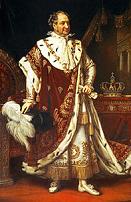




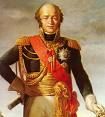








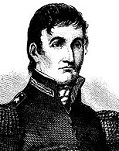











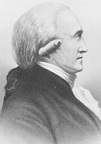



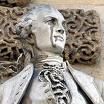
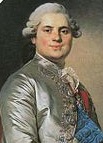
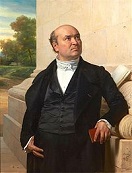
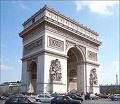
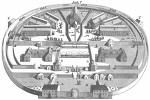

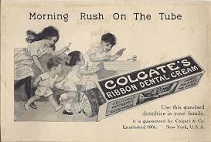
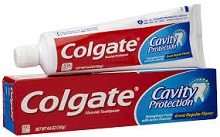

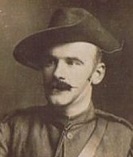
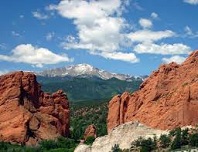


1806 On Jan. 1 after increasing its size via annexation of Church lands, free towns, and small lordships, Bavaria (an electorate since 1507) becomes a kingdom under elector (since Feb. 16, 1799) Maximilian I Joseph (1756-1825), who becomes king of Bavaria (until Oct. 13, 1825), who favors French Enlightenment ideas incl. secularization and centralization, appointing Count Maximilian Josef von Montgelas (1759-1838) as his minister (until 1817) (known for speaking French better than German, and working for previous elector Karl Theodor in 1799 to censor books until he is discovered to belong to the Illuminati and fired), who considers France as necessary to Bavaria despite appearing as a traitor to fellow Germans, becoming the most successful German politician of the early 19th cent.; jurist Paul Johann Anselm von Feuerbach (1775-1833) leads a commission to create a new reformed Bavarian Criminal (Penal) Code (finished 1813), and abolishes torture this year. On Jan. 1 Emperor Napoleon I abolishes the French Rev. Calendar and returns to the Gregorian Calendar. On Jan. 7 the U.S. concludes a treaty with the Cherokees, who give up a large tract of land N of the Tennessee River. On Jan. 17 James Madison Randolph (1806-34), grandson of Thomas Jefferson becomes the first child born in the White House, to his daughter Martha, on the centennial of Ben Franklin's birth. On Jan. 20 Princeton-educated Henry Brockholst Livingston (1757-1823), from the long line of N.Y. Livingstons, cousin of DOI signer Robert R. Livingston and brother-in-law of John Jay (with whom he went on a diplomatic mission to Spain) is appointed as U.S. Supreme Court justice #15, and confirmed on Nov. 10 (until Mar. 18, 1823), giving it six members (William Cushing, Samuel Chase, Bushrod Washington, John Marshall, William Johnson). On Jan. 23 PM (since May 10, 1804) William Pitt the Younger (b. 1759) dies of a stroke (unsaved, according to William Wilberforce), and on Feb. 11 his Whig cousin William Wyndham Grenville, 1st Baron Grenville (1759-1834) becomes British PM (until Mar. 25, 1807), forming the Ministry of All the Talents, with George III's least favorite guy (a William Wilberforce supporter) Honourable Charles James Fox (1749-1806) as foreign minister as a loss leader; Pitt followers, led by George Canning refuse to join; strong abolitionists Grenville and Fox decide to introduce William Wilberforce's slavery abolition bill in the House of Lords first, and do so next Jan; meanwhile they try to end the war with France in vain. On Mar. 1 after pub. derogatory statements about his lifelong friend Andrew Jackson, Prince Edward County, Va.-born merchant John R. Coffee (1772-1833) (their wives were related) duels Nathaneiel A. McNairy; on May 30, 1806 the same weapons are used in a duel near Adairville, Ky. between Jackson and famous duelist Charles Dickinson (b. 1780), who is killed after putting a bullet in Jackson's chest that is too near to his heart to operate, causing him to carry it for life; in the War of 1812 Coffee leads the 2nd Regiment of Volunteer Mounted Riflemen; on Sept. 4, 1813 Thomas Benton and his brother attempt to assassinate Jackson, but miss, after which Coffee knocks him down some stairs. On Mar. 9 French-educated mulatto Gen. Alexandre Sabes Petion (Sabès Pétion) (1770-1818) is elected pres. of Haiti (until 1818); on Oct. 17 he and black Brig. Gen. Henri Christophe assassinate emperor Jean-Jacques Dessalines (b. 1758) in Pont Lanarge (Pont Rouge) (N of Port-au-Prince), after which they get into a black vs. mulatto pissing contest, splitting the country, with Christophe taking the N and Petion the S. On Mar. 12 Venezuelan soldier Francisco de Miranda (1756-1816), who fought in the Am. Rev. and French Rev. and got his name on the Arc de Triomphe in Paris, then turned against the French Rev. and got condemned by the Directory and fled to England in Jan. 1798, where he unsuccessfully tried to get William Pitt to aid his fight for Venezuelan independence, then went to New York City in Nov. 1805, where he raised 200 volunteers and three ships (the Leander, Bee, and Bacchus) with the help of merchant Samuel G. Ogden (1746-1810), then sailed for Venezuela looking for a rumble, with an idea of uniting the entire South Am. continent from the Mississippi River to Cape Horn under the name Colombia (for Christopher Columbus), with a hereditary emperor called the Inca, raises the first Venezuelan flag in Jacmel; too bad, the Spanish navy defeats them on Apr. 28 off the coast, sinking two ships and taking 60 POWs, later sentencing 10 to death; Miranda escapes on the Leander and regroups on Barbados and Trinidad, then lands on Aug. 3 in La Vela de Coro and captures the fort, raising his new flag for the 1st time on Venezuelan soil, then occupies Coro; after finding no local support, they set sail on Aug. 13 and spend all next year in the Caribbean waiting for reinforcements, which never arrive, then return to Britain, finally getting support and assembling a large force under the command of Arthur Wellesley in 1808; too bad, Napoleon's invasion of Spain turns Spain into an ally, causing the force to go to Spain instead. On Mar. 15 Napoleon installs his brother-in-law Joachim Murat (1767-1815) as gov. of the Rhineland (grand duke of Berg and Cleves) (until Aug. 1, 1808), and he decides to outlaw all trade and prof. assocs. incl. brewer guilds, allowing people to choose their own trade or profession (known as the Gewerbefreiheit); Bavaria already did it in 1800. On Mar. 23 explorers Lewis and Clark begin their return journey. On Mar. 25 Venezuelan liberator Francisco Miranda is defeated in Ocumare with the loss of a large part of his force, then takes Coro, finds no popular support and leaves for Europe to work with Simon Bolivar to find more aid, returning in 1810. On Apr. 22 French adm. Pierre-Charles-Jean-Baptiste-Silvestre de Villeneuve (b. 1763), loser of the Battle of Trafalgar is returned to France by the English, and then strangled by one of Napoleon's Mamlukes with a horse bridle at an inn in Rennes. On May 10 a French law enunciates the principle of the univ. system, but Nappy doesn't degree with them until Mar. 17, 1808. On May 24 the Batavian Repub. reverts back to the name Holland as a monarchy under Nappy's younger brother Louis Napoleon Bonaparte (1779-1846) and his wife Hortense Eugenie Cecile de Beauharnais (1783-1837), Nappy's adopted daughter (mother of Napoleon III); they rule until 1810, but never amount to more than governors of Holland subject to Nappy's will. On May 25 William Scoresby Sr. (1760-1829) and his son William Scoresby Jr. (1789-1857) of England reach a record 81 deg. 30 min. N lat. (19 deg. E long.) (until 1827) in the whaler Resolution, and return to write Account of the Arctic Regions. On May 30 Napoleon I issues a decree calling for an Assembly of Jewish Notables, and on July 23 the first meeting of the Sanhedrin since the Roman destruction of Jerusalem in 70 C.E. is held in Paris at the City Hall, consisting of 111 Jewish reps. from all the depts. of France and N Italy, which pisses-off Third Coalition partners Russia, Austria, Prussia, and England, causing Napoleon on Nov. 29 after his V at Jena to give a speech in Posen making Judaism the official fifth column, er, third religion of France, proclaiming the long-disputed loyalty of the 40K Jews in France (1K in Paris) and making them into French citizens, but also depriving some Jews of their economic freedom; the anti-Semitic pressure on him only intensifies; the French appoint Mainz archbishop-elector (since 1802) Karl Theodor Anton Maria von Dalberg (1744-1817) as grand duke of Frankfurt on Main, and he orders the Jews to be given equal rights and abolishes the old law forbidding them from walking on the Anlagen main ring road, which doesn't stop the town council from issuing new regs in 1807 attempting to reestablish the ghetto, causing Dalberg to issue his "highest regulation for the equality of civil rights of the Jewish muncipality" in 1811, abolishing the requirement for Jews to live in the ghetto or pay special taxes, after the Jewish community pays a lump sum of 440K guilders; thanks to Napoleon, Portugal gives Jews their freedom in 1811, followed by Prussia in 1812, Holland in 1830, Sweden in 1834, and Switzerland in 1838; after Nappy's fall in 1815, Prussia reneges, along with France, until 1830, when it restores Nappy's laws - friends are friends but rules are rules? In May HRE (since 1792) Francis II of Austria sends Klemens von Metternich to Paris as ambassador, and he arrives in Paris in Aug. On June 12 after Napoleon's V over Russia and Austria at the Battle of Austerlitz, most of the German states (16 at first, then 35, with a total pop. of 15M) secede and form the Confederation of the Rhine (ends 1813), placing all of Germany (except Austria, Prussia, Brunswick, and Hesse) under French protection, with Hesse-Darmstadt becoming a grand duchy (until 1918) under landgrave Louis X, who becomes Duke Louis I; the garrisoning of French troops on German soil finally causes Frederick William III of Prussia to declare war, and Prussia, Britain, Russia, and Sweden to form the Fourth Coalition against France; elector Frederick Augustus IIII of Saxony later joins. On June 16 Tenskwatawa (1775-1836) ("the Prophet") ("Open Door"), formerly Lalawethika ("Loud Voice"), who has been stirring up the Indian tribes E of the Mississippi to throw off whitey, successfully predicts a solar eclipse, increasing his influence and making his white rival, Indiana territory gov. Gen. William H. Harrison lose face; by 1808 his brother Tecumseh (1768-1813) becomes the leader of the Tecumseh Confederacy of Native Ams, which grows to several thousand warriors (ends 1813). In the summer Aaron Burr goes to Lexington, Ky. to recruit adventurers for his secession plot, but Gen. James Wilkinson gets cold feet and in Nov. sends a letter to Pres. Jefferson warning of a "deep, dark, wicked, and wide-spread conspiracy", trying to frame Burr as being the lone gunman - where does Burr meet with Daniel Boone and Mingo? On July 12 the tiny country of Liechtenstein in C Europe on a Washington, D.C.-sized patch of land on the upper Rhine River (E side) between Austria and Switzerland becomes a sovereign state - one good side effect of the HRE breakup? On July 15 N.J.-born Lt. Zebulon Montgomery Pike (1779-1813) leaves St. Louis to explore New Mexico looking for the sources of the Arkansas River; on Nov. 15 he sights 14,109 ft. (4,267m) pink granite Pikes Peak (El Capitan to the Spanish, which he calls Highest Peak because it's higher thany any peak in the U.S. to the E) in S Colo. (64 mi. S of Denver), but fails in an attempt to climb it, declaring that it will never be climbed (the Utes probably did it all the time to get eagle feathers?), then makes a roundabout return by way of Santa Fe after Spanish soldiers capture his party; his accounts are pub. before those of Lewis and Clark, creating the myth that the Am. West is a "Great American Desert" unfit for human habitation (and hence the place to banish Indian tribes to); in summer 1820 Vt.-born botanist Edwin P. James (1797-1861) becomes the first to climb it while working for explorer Stephen Harriman Long (1784-1864) on his expedition "from the Mississippi to the Rocky Mountains", discovering the health benefits of the mineral waters in Manitou Springs, Colo., and making the first ascent of 13,3K ft. (4,054m) James Peak. What are you doing, getting out? My eyes, my beautiful eyes? On Aug. 6 (8-6-1806) (Wed.) after either Napoleon I orders it abolished, or he believes the rumors that Nappy wants to take over the HRE title, or news of Napoleon's Confederation of the Rhine scares him into it, HRE (since July 5, 1792) Francis II (1768-1835) declares the Holy Roman Empire and the Third Reich (Reich 1 founded in 800, Reich 2 in 962, or First Reich since 800) dissolved, and abdicates as HRE, after previously declaring himself emperor of Austria alone as Francis I on Aug. 11, 1804 (until Mar. 2, 1835); next Reich in 1871; Carinthia is incorporated in the Austrian Empire's Kingdom of Illyria, which succeeds Napoleon's Illyrian Provinces (until 1849). On Aug. 12-15 6K-8K ensconced Serbs defeat an Ottoman army of 50K-80K from Bosnia in the Battle of Misar, then in Dec. defeat another Ottoman army from the SE in the Battle of Deligrad, then siege Belgrade in Dec. (until 1807); meanwhile they organize their own parliament. On Aug. 15 Thomas Paine writes a Letter to Andrew Dean delineating his anti-Bible-thumping Rationalist beliefs: "I consider the scene I have passed through as an experiment on dying, and I find that death has no terrors for me. As to the people called Christians, they have no evidence that their religion is true. There is no more proof that the Bible is the Word of God, than that the Koran of Mahomet is the Word of God. It is education makes all the difference. Man, before he begins to think for himself, is as much the child of habits in Creeds as he is in plowing and sowing. Yet creeds, like opinions, prove nothing." On Sept. 14 Salim I ibn Sultan dies, and Sa'id II ibn Sultan becomes sole sultan of Oman, Zanzibar and Muscat (until Oct. 19, 1856). In Sept. the Lewis and Clark Expedition (begun May 1804) ends after going 8K mi. and visiting 58 Indian tribes; Clark frees his slave York, who was allowed to carry a gun and whose black skin was a curiosity to every Indian tribe they met (the first black to cross the North Am. continent N of Mexico?); Sgt. Charles Floyd, the only casualty in the party dies of a burst appendix near Sioux City; Pres. Jefferson is presented with two bears, which he houses in cages in the White House; always thinking, Pres. Jefferson envisions an independent nation in NW North Am. called the Repub. of the Pacific, which survives to modern times as a proposal for the Repub. of Cascadia, consisting of British Columbia, Ore. and Wash., plus maybe parts of Idaho, N Calif., the Yukon and Alaska; in 1941-2 the State of Jefferson exists for about 10 mo. until Pearl Harbor kills it. On Oct. 10 the Battle of Saalfeld sees 7K Prussians under Prince Louis Ferdinand (who is KIA) defeated by the French, with 400 casualties and 1K POWs taken. What happened, fellers, you Prussians can't handle soft Frenchies? On Oct. 14 28K French (a single corps) under "Iron Marshal" Louis-Nicolas d'Avout (Davout) (Davoust), Prince d'Eckmuhl (d'Eckmühl) (1770-1823) (France's youngest marshal since 1804) rout the main Prussian army of 63K in the Battle (Disaster) of Jena (Iena) (Iéna) in SW E Germany W of the Saal River, and the twin Battle of Auerstadt, causing the Prussian army, despite aid from the Russians to collapse and withdraw from the Fourth Coalition; Duke Charles William Ferdinand of Brunswick-Luneburg (b. 1835) dies of wounds received; d'Avout goes on to remain undefeated throughout the Napoleonic Wars, and is left to guard Paris while Nappy goes off to Waterloo in one of the big What Ifs; Frederick William III of Prussia and his family (along with kaput foreign minister Christian von Haugwitz) flee to Memel in E Prussia, where they are at the mercy of Tsar Alexander I, who has the hots for his wife Queen Louise; Copenhagen-born German diplomat Barthold Georg Niebuhr (1776-1831) accompanies the fugitive govt. to Konigsberg, becoming tax commissioner then Prussian minister to the Netherlands, trying without success to secure a loan before retiring from public life to become royal historiographer and prof. at the U. of Berlin, going on to become the #1 German historian of ancient Rome. On Oct. 27 Napoleon I occupies Berlin, followed by Hamburg, and on Nov. 21 after the British blockade the French coast he issues the Berlin Decree, initiating the Continental System (Blockade), which blockades Britain and closes Continental ports to British vessels, causing the British to occupy the Cape of Good Hope; too bad, the system backfires as E and C European countries who can no longer trade with England now can't afford to pay for French exports, and the cost of textiles rises, hurting artisans. Napoleon I conquers the Kingdom of Naples, tosses the Bourbons out, and gets his elder brother Joseph-Napoleon Bonaparte (1768-1844) crowned as king of Naples (until 1808), forcing King Ferdinand IV and his scheming wife Marie Caroline to flee to Sicily - bring on the bling? The Turks under Ottoman sultan (1789-1808) Selim III (1761-1808) depose the Russophile govs. of Moldavia and Wallachia, leading to the Eighth Russo-Turkish War (ends 1812); Russian gen. Count Ivan Vasilyevich Gudovich (1741-1820) is named CIC in the Caucasus, invading the Caspian Sea area and overrunning the khanates of Derbent, Sheka, and Baku. The British occupy Curacao (Curaçao) again (1st time 1798) (until 1814). Ang Chan becomes king of Cambodia (until 1834). Andrew Jackson kills 26-kill sharpshooter Nashville atty. Charles Dickinson (b. 1780) in a duel in Harrison's Mill, Ky. after being shot in the chest, a bullet lodging near his heart for life; he had worn a loose frock coat to throw Dickinson's aim off, and not wanting the dying sucker to know he'd come close, he tells his second, Gen. Thomas Overton in his presence, "I believe he has pinked me a little", then sends him a bottle of wine before he croaks; from now on Jackson is labelled as a murderer. France abolishes the salt tax (gabelle), and raises postal rates 50% to pay for warfare and welfare, but taxes remain moderate until 1810 because of the money paid by occupied territories. Pres. Jefferson seeks a $2M appropriation for a thinly disguised bribe to win French influence in persuading Spain to give up Florida, which causes "honest man" "Old Republican" John Randolph to break with him and talk about starting a third party, the "Tertium Quid" (third something). The city of Macon, Ga. in C Ga. on the fall line E of the Ocmulgee River (modern-day pop. 153K/231K) on the Ocmulgee Oil Fields at the most inland point of navigation from the S.C. Low Country starts out as Ft. Benjamin Hawkins, named for N.C.-born U.S. Supt. of Indian Affairs (1796-1816) Benjamin Hawkins (1754-1816), founded after Pres. Jefferson forced the Creeks to cede their lands E of the river, going on to be used during the War of 1812 and 1813 Creek War until being decommissioned in 1828, after which European immigrants (esp. from N.C.) rename it Newtown, becoming the county sea of the new (1822) Bibb County in 1823 and named in honor of N.C. politician Nathaniel Macon (1757-1837), becoming known for its 250-acre Central City Park and ordinances requiring shade trees to be planted in front yards, becoming known as "the Heart of Georgia", home of Mercer U. (1833), oldest private univ. in Ga., and music stars incl. Little Richard, the Allman Brothers, Jason Aldean et al. The English peerage title Earl Grey is created for Gen. Charles "No Flint" Grey, 1st Baron Grey (1729-1807), who is alsot created Viscount Howick in the County of Northumberland. Sultan Sayyid Sa'id founds an empire with capital in Zanzibar (until 1856), sending slaves to S Arabia and Persia. Father N. Duran founds San Jose, Calif. - do you know the way? Halleybury boys' public school near Hertford, England is founded by the East India Co. to train future employees (cadets). The annual Newdigate Prize for English verse by Oxford undergraduates is founded. Beethoven gets pissed-off and walks out when asked to play for French officers. Prophet Hen of Leeds in England begins laying eggs with the inscription "Christ is coming"; they are later proved to be a hoax. Le Beau Monde (Literary and Fashionable Mag.) begins monthly pub. in Britain. The Political Inst. is founded in Zurich, Switzerland as a law school, but within 10 years it becomes a hotbed of liberalism and constitutionalist rabble-rousers. The London Inst. is founded in the Old Jewry, London, with classical scholar Richard Porson (1759-1808) as dir.; too bad, he suffers a stroke in the street in 1808 and croaks at the tender age of 49. Henry Deringer (1786-1868) founds a firearms factory in Philadelphia, Penn., producing rifles for the U.S. Army, followed by dueling pistols in 1825 and the pocket pistol in 1852. William Colgate & Co. in New York City is founded by English immigrant soapmaker (devout Baptist) William Colgate (1783-1857); his son (also a devout Baptist) Samuel Colgate (1822-97) continues after his death, introducing Cashmere Boquet soap in 1872, and its first toothpaste ("dental cream") in 1873, packaged in jars; in 1896 they sell their first Colgate Toothpaste in a tube, Colgate Ribbon Dental Cream; in 1928 they are acquired by Palmolive-Peet to become Colgate-Palmolive-Peet, dropping the Peet in 1953; in ? they introduce Gardol (sodium lauroyl sarcosinate) (AKA Advance White) to their toothpaste; in 1999 they become the world's best-selling toothpaste; by 2010 they sell $17B a year. Vaux Breweries in Sunderland, Tyne and Wear, England is founded by Cuthbert Vaux Sr. (1779-1850), producing Bitter, Mild, Pale Ale, Maxim, Double Maxim, Sampson, Sunderland, and other brands; Cuthbert's son Cuthbert Vaux Jr. (1813-78) takes over, followed by Cuthbert Jr.'s son John Storey Vaux (1834-81), and John's son Cuthbert Vaux III (1862-1927); John's other son Ernest Vaux (1865-1925) founds the first Boy Scout troop in the world with Robert Baden-Powell, going on to become a popular lt.-col. in the British army in WWI; in 1972 the co. is acquired by Wards Brewing Co. of Sheffield, England, which in 1981 acquires Fred Koch Brewery in Dunkirk, N.Y.; it closes in 2000. Architecture: Bellefonte Academy in Bellefonte, Penn. is built, going on to graduate many Penn. leaders. On Aug. 15 French Rococo sculptor Claude Michel (Clodion) (1738-1814) and neoclassical architect Jean Francois Therese Chalgrin (1739-1811) begin the 164-ft. Arc de Triomphe in Paris to trumpet Napoleon's overarching you know whats; in 1811 French architect Jean-Nicolas Huyot (1780-1840) takes over for Chalgrin; it is interrupted during the Bourbon Restoration of 1814-30, and finally inaugurated on July 29, 1836. Dartmoor Prison in England is begun to house POWs that are being kept on derelect prison hulks (finished 1809); in 1812 U.S. POWs join French ones, reaching a pop. of 6K, and in 1815 they are repatriated, closing the prison down until 1850, after which it becomes down as a gruesome place for housing the most godforsaken convicts. Sports: The first Gentlemen vs. Players cricket match is held. Inventions: Ralph Wedgwood invents carbon paper, calling it "stylographic paper". Science: German scientist Freiherr Christian Johann Dietrich Theodor von Grotthuss (1785-1822) pub. the Grotthuss Mechanism, the first theory of electrolysis, to the effect that an "excess" proton can diffuse through the hydrogen bond network of water molecules, with the oxygen atoms passing them in a "bucket line". Napoleon offers 100K francs to anyone who can make sugar from a native plant, and Russian chemist K.S. Kirchhof wins for a sulfuric acid treatment of potato starch. German pharmacist Friedrich Wilhelm Adam Serturner (Sertürner) (1783-1841) isolates the bitter white crystalline alkaloid Morphine (the first known alkaloid, and first plant drug to be isolated), the active ingredient in opium from the poppy, and tries it on himself, later writing, "Lying down, I got into a dreamy state"; it is initially marketed as a cure for opium addiction? French chemists Nicolas Louis Vaquelin and Pierre-Jean Robiquet (1780-1840) determine the chemical structure of asparagine (derived from asparagus), becoming the first amino acid to be analyzed. Nonfiction: J.C. Adelung, Mithridates, a History of Languages and Dialects. Jean-Antoine Chaptal (1756-1832), La Chimie Appliquee aux Arts; describes the Chaptalization process of adding sugar to increase final alcohol content, revolutionizing winemaking in France. Charles Francois Dupuis (1742-1809), Memoire Explicatif du Zodiaque, Chronologique et Mythologique. Johann Gottlieb Fichte (1761-1814), Bericht Uber die Wissenshaftslehre. William Godwin (1756-1836), The Pantheon, or Ancient History of the Gods of Greece and Rome. Elizabeth Hamilton (1756-1816), Letters Addressed to the Daughter of a Nobleman on the Formation of Religious and Moral Principle. William Hazlitt (1778-1830), Free Thoughts on Public Affairs; attack on William Pitt's foreign policy. Johann Friedrich Herbart (1776-1841), Hauptpunkte der Metaphysik; Allegemeine Padagogik (Pädagogik); preaches modern education based on psychology and ethics - change your body in one easy workout a week? P.A. Latreille, Genera Crustaceorum et Insectorum. Adrien-Marie Legendre (1752-1833), The Path of Comets; first pub. of the Least-Squares Method, developed by Carl Gauss. James Madison (1751-1836), An Examination of the British Doctrine which Subjects to Capture a Neutral Trade not Open in Time of Peace. Thomas Taylor (tr.), Works of Aristotle (1806-12); first in English. Noah Webster, A Compendious Dictionary of the English Language; enlargement of Entick's 1765 "Spelling Dictionary" with supplementary encyclopedic material on Am. life; in 1807 he begins "An American Dictionary of the English Language", pub. in 1828. Music: Arnim and Brentano, Des Knaben Wunderhorn (folk songs). Ludwig van Beethoven (1770-1827), Fourth Symphony in B-flat major, Op. 60 (Vienna) (Mar.); Violin Concerto, Op. 61. Luigi Cherubini (1760-1842), Faniska (opera comique) (Feb. 25) (Theater am Karntnertor); German libretto by Joseph Sonnleithner based on "Les Mines de Pologne" by Rene Charles Guilbert de Pixerecourt, about Rava mayor Rasinski and his wife Faniska and daughter Hedwig; composed after being invited to Vienna in June 1905; his last hit; praised by Haydn, whom he met personally, and of course Beethoven. Johann Ludwig Dussek (1760-1812), Elegie Harmonique, Op. 61; composed in memory of his buddy Prince Louis Ferdinand, who was KIA in the Battle of Saalfeld. Gioacchino Rossini (1792-1868), Demetrio a Polibio (first opera) (Rome). Art: Baron Antoine-Jean Gros (1771-1835), The Battle of Aboukir. Jean-Antoine Houdon (1741-1828), Napoleon Bonaparte (sculpture); Moliere (sculpture). Jean Auguste Dominique Ingres (1780-1867), Napoleon on His Imperial Throne. Bertel Thorvaldsen, Hebe (sculpture). David Wilkie (1785-1841), Village Politicians. Poetry: Willem Bilderdijk, Ode van Napoleon. William Lisle Bowles (ed.), The Works of Alexander Pope; incl. an essay defining canons of poetry, with images drawn from Nature considered finer than those drawn from art, and themes of passions of the gen. or elemental kind higher than transient manners of society, which is dissed by Lord Byron , Thomas Campbell et al., and defended by William Hazlitt. Lord Byron (1788-1824), Fugitive Pieces (debut) (Sept.-Oct.); the bad reviews cause him to respond with English Bards and Scotch Reviewers (1809), calling the Lake Poets "Wordswords and Co.". Jane Taylor and Ann Taylor, Rhymes for the Nursery. Births: French utilitarian free market liberal philosopher-statesman Michel Chevalier (d. 1879) on Jan. 13 in Limoges. Am. naval cmdr. and oceanographer-hydrographer ("Pathfinder/Scientist of the Seas") ("Father of Modern Oceanography and Naval Meteorology") Matthew Fontaine Maury (d. 1873) on Jan. 14 near Fredericksburg, Spotsylvania County, Va.; of French Huguenot descent; grows up in Franklin, Tenn. Am. Ill. militia lt. col. Lewis Crum Bidamon (d. 1891) on Jan. 16 in Smithfield, Va.; grows up in Highland County, Ohio; husand (1847-) of Emma Smith (1804-79), 1st wife of Joseph Smith Jr. (1805-44). Am. Mormon leader William Earl McLellin (d. 1883) on Jan. 18 in Smith County, Tenn. Am. Knickerbocker Group writer-poet-ed. Charles Fenno Hoffman (d. 1884) on Feb. 7 in New York City; son of N.Y. atty. gen. Josiah Ogden Hoffman (1766-1837). English "South Bank Lion" sculptor-painter William Frederick Woodington (d. 1893) on Feb. 10 in Sutton Coldfield, Warwickshire; father of William Frederick Woodington Jr. (1830-1922). Italian patriot gen. Manfredo Fanti (d. 1865) on Feb. 26 in Carpi, Emilio Romagna; superior officer of Giuseppe Garibaldi. English "Sonnets from the Portuguese", "Aurora Leigh" poet (abolitionist) (opium addict) Elizabeth Barrett Browning (d. 1861) on Mar. 6 in Kelloe, Durham; daughter of Mr. Barrett of Wimple St.; wife (1846-) of Robert Browning (1806-61); mother of Robert Barrett "Pen" Browning (1849-1912). Am. Astor Place Riot stage actor Edwin Forrest (d. 1872) on Mar. 9 in Philadelphia, Penn.; of Scottish-German descent; known for blackface performances. U.S. First Lady (1853-7) Jane Means Appleton Pierce (d. 1863) on Mar. 12 in Hampton, N.H.; daughter of Congregationalist minister Jesse Appleton (1772-1819) (pres. of Bowdoin College); grows up in Amherst, N.H.; wife (1834-63) of pres. Franklin Pierce (1804-69); mother of Benny Pierce (1841-53). Am. inventor (black) Norbert Rillieux (d. 1894) on Mar. 17 in New Orleans, La.; cousin of Edgar Degas (1834-1917). Mexican pres. (1858-72) ("Benemerito de la Americas") (Freemason) Benito Pablo Juarez (Juárez) Garcia (d. 1872) on Mar. 21 in San Pablo Guelatao, Oaxaca; Indian parents; speaks only Zapoteco for most of his childhood. Am. "Mary Had a Little Lamb" lamb owner Mary Elizabeth Sawyer (d. 1889) on Mar. 22 in Sterling, Mass.; the lamb is born in Mar. 1815 (dies 1819); the poem is actually written by John Roulstone (1805-22), nephew of Rev. Lemuel Capen of Sterling, who watches the famous incident at school and hands her the 12-line poem the next day; in 1830 Sara Josepha Hale adds the final 12 lines, confusing it more; on Aug. 12, 2007 Mary Sawyer's birthplace is burned down by John Rousseau and Michael Dreslinski. Am. Dem. politician John Parker Hale (d. 1873) on Mar. 31 in Rochester, N.H.; educated at Phillips Exeter Academy, and Bowdoin College. Am. Confed. Mo. gov. (1861-2) Claiborne Fox Jackson (d. 1862) on Apr. 4 in Fleming County, Ky. English mechanical-civil engineer Isambard (Ger. "iron-bright") Kingdom Brunel (d. 1859) on Apr. 9 in Portsea, Portsmouth, Hampshire; son of Marc Isambard Brunel (1769-1849) and Sophia Kingdom (1775-1855); educated at the U. of Caen, and Lycee Henry-IV. French engineer-economist-sociologist (atheist-to-Roman Catholic convert) Pierre Guillaume Frederic le Play (d. 1882) on Apr. 11 in La Riviere-Saint-Sauveur (near Honfleur); educated at the Ecole Polytechnique, and Ecole des Mines. Dutch-Belgian Romantic painter ("Monsieur Chandelle") Petrus van Schendel (d. 1870) on Apr. 21 in Terheijden, Netherlands; known for lamplit and candle-lit night scenes. English inventor Sir William Fothergill Cooke (d. 1879) on May 4 in Ealing, Middlesex; educated at the U. of Edinburgh. Am. dentistry school founder Chapin Aaron Harris (d. 1860) on May 6 in Pompey, N.Y. English utilitarian philosopher-economist John Stuart Mill (d. 1873) on May 20 in London; eldest son of James Mill (1773-1836); disciple and friend of Jeremy Bentham; husband (1851-8) of Harriet Taylor Mill (1807-58) pushed by his father, he begins studying Greek at age three, and by age 14 masters Latin, math, logic, classical lit., history, and political economy; too bad, by age 20 his daddy's tyranny causes his brain to freeze, making him unable to absorb any new ideas, but he does develop daddy's ideas beautifully? Am. Brooklyn Bridge civil engineer John (Johann) Augustus Roebling (Röbling) (d. 1869) on June 12 in Muhlhause, Prussia, Germany; emigrates to the U.S. in 1831. English mathematician (atheist) (Spiritualist) Augustus De Morgan (d. 1871) on June 27 in Madras, British India; father of William De Morgan (1839-1917); educated at Trinity College, Cambridge U.; coiner of the term "mathematical induction". Am. Houston, Tex. co-founder Augustus Chapman Allen (d. 1864) on July 4 in Canaseraga Village (modern-day Sullivan), N.Y.; brother of John Kirby Allen (1810-38). Scottish "Arthur Coningsby" novelist-poet-dramatist John Sterling (d. 1844) on July 20 in Kames Castle, Isle of Bute; educated at the U. of Glasgow and Trinity College, Cambridge U.; father of maj. gen. John Barton Sterling (1840-1926), cmdr. of the Coldstream Guards. Am. educator (founder of Marshall College) Frederick (Friedrich) Augustus Rauch (d. 1841) on July 27 in Hesse-Darmstadt; emigrates to the U.S. in 1831. Irish "The Confessions of Harry Lorrequer" novelist Charles James Lever (d. 1872) on Aug. 31 in Dublin; of English descent; educated at Trinity College, Dublin. Dutch "Castle Loevenstein" historical novelist Jan Frederik Oltmans (Jan van der Hage) (d. 1854) on Sept. 1 in The Hague. French gen. Christophe Leon Louis Juchault de Lamoriciere (Lamoricière) (d. 1865) on Sept. 5 in Nantes. U.S. rear adm. Andrew Hull Foote (d. 1863) on Sept. 12 in New Haven, Conn.; educated at West Point Academy. German dramatist-novelist Heinrich Laube (d. 1884) on Sept. 18 in Sprottau, Prussian Silesia. Am. soapmaker (co-founder of Anheuser-Busch) Eberhard Anheuser (d. 1880) on Sept. 27 in Kreuznache (Nahe), German Palatinate; emigrates to the U.S. in 1842; father-in-law of Adolphus Busch (1839-1913). Am. Mormon Church co-founder Oliver H.P. (Hervy Pliny?) Cowdery (d. 1850) on Oct. 3 in Wells, Vt.; grows up in Poultney, Vt.; son of William Cowdery; 3rd cousin of Joseph Smith Jr.'s mother Lucy Mack Smith. Serbian prince (1842-58) Aleksandar (Alexander) Karadordevic (d. 1885) on Oct. 11 in Topola. German "The Ego and Its Own" Young Hegelian philosopher Max Stirner (Ger. "highbrow") (Johann Kaspar Schmidt) (d. 1856) on Oct. 25 in Bayreuth, Bavaria. French casino entrepreneur ("the Magician of Homburg and Monte Carlo") Francois Blanc (d. 1877) on Dec. 12 in Courthezon; has twin brother Louis. Spanish Carlist Gen. Ramon Cabrera y Grino (Ramón Cabrera y Griñó) (d. 1877) on Dec. 27 in Tortosa, Tarragona. Russian artist Alexander Ivanov (d. 1858). Am. "The Swamp Fox", "The Genassee", "The Wigwam and the Cabin" poet William Gilmore Simms (d. 1870) in Charleston, S.C. French financier (Jewish) (rival of the Rothschilds) Isac Pereire (Émile Péreire) (d. 1880); of Portuguese Sephardic descent; grandson of Jacob Rodrigues Pereira (1715-80); brother of Emile Pereire (1800-75). Southern slavery advocate George Fitzhugh (OG "son of intelligence") (d. 1881). Indian Baloch Muslim saint (female) Hazrat Gulrukh ("like a rose") Babajan (d. 1931) in Balochistan (Pakistan); born a Pathan princess, goes guru at age 18; original master of Meher Baba. Deaths: Scottish deaf-mute teacher Thomas Braidwood (b. 1715). English Bluestocking writer Elizabeth Carter (b. 1717). Am. Rev. leader (DOI signer) James Smith (b. 1719) on July 11 in Penn. Am. Baptist preacher Isaac Backus (b. 1724) on Nov. 20. English painter George Stubbs (b. 1724) on July 10 in London. Scottish-born Am. Rev. War gen. Lachlan McIntosh (b. 1725) on Feb. 20 in Savannah, Ga. Am. Rev. patriot-jurist (DOI signer) George Wythe (b. 1726) on June 8 in Williamsburg, Va.; poisoned by his great-nephew George Wythe Sweeney after he goes abolitionist, frees his slaves, and leaves his slave concubine Lydia Broadnax and their mulatto son Michael Brown in his will, and Sweeney tries to poison the slaves with arsenic, but gets Wythe by accident, although he lives long enough to cut him out of the will; Sweeney is acquitted of murder because blacks are forbidden from giving testimony, and is convicted of forgery, but gets that oveturned and is later put in priz for stealing a horse in Tenn. Scottish-born British gen. John Campbell of Strachur (b. 1727) on Aug. 28 in Argyll, Scotland. English-born Am. Rev. Gen. Horatio Gates (b. 1727) on Apr. 10 in New York City. Austrian field marshal Michael von Melas (b. 1729) on May 31 in Tynec nad Labem, Bohemia. African-Am. mathematician-astronomer Benjamin Banneker (b. 1731). British Capt. Sir Richard Pearson (b. 1731). French painter Jean-Honore Fragonard (b. 1732) on Aug. 22 in Paris; dies in poverty. French physician Paul Joseph Barthez (b. 1734) on Oct. 15 in Paris. Am. Rev. patriot-financier Robert Morris (b. 1734) on May 7 in Philadelphia, Penn.; dies broke after losing his fortune in speculation and spending three years in debtor's prison. French novelist Nicolas Edme Restif (b. 1734) on Feb. 3 in Paris; dies before he can take a job as a job in Napoleon's ministry of police. French physicist Charles-Augustin de Coulomb (b. 1736). German Prussian margrave (1757-91) Charles Alexander of Brandenburg-Ansbach (b. 1736) on Jan. 5 in Benham Park, Speen (near Newbury), West Berkshire, England (lung disease). Austrian composer Michael Haydn (b. 1737) on Aug. 10; brother of Franz Joseph Haydn. Irish painter James Barry (b. 1741) on Feb. 22 in London; expelled from the Royal Academy of Arts in 1799, first time ever until Brendan Neiland (1941-) in 2004. French chemist Nicolas Leblanc (b. 1742). English architect Henry Holland (b. 1745) on June 17. U.S. Supreme Court justice #1 (1793-1806) William Paterson (b. 1745) on Sept. 9 in Evendale, Penn. Scottish surgeon Benjamin Bell (b. 1749) on Apr. 5. English Whig statesman-orator Charles James Fox (b. 1749) on Sept. 13 in Chiswick. Am. Rev. War gen. Henry Knox (b. 1750) on Oct. 25 near Thomaston, Mass. English cabinetmaker Thomas Sheraton (b. 1751) on Oct. 22. British Gen. John Graves Simcoe (b. 1752) on Oct. 26 in Exeter; namesake of Simcoe Day in Toronto. Japanese painter Kitagawa Utamaro (b. 1753). Am. surveyor Moses Cleaveland (b. 1754) on Nov. 16 in Canterbury, Conn. Spanish composer Vicente Martin y Soler (b. 1754) on Jan. 30 in St. Petersburg, Russia. Am. explorer Robert Gray (b. 1755). Haitian leader Jean Jacques Dessalines (b. 1758) on Oct. 17 in Pont Lanarge (Pont Rouge) (assassinated). British PM William Pitt the Younger (b. 1759) on Jan. 23. French gen. Thomas-Alexandre Dumas (b. 1762) on Feb. 26 in Villers-Cotterets, Aisne (stomach cancer); half-poisoned with arsenic by the Sicilians after being captured in 1799 and imprisoned for two years. French adm. Pierre Charles Villeneuve (b. 1763) on Apr. 22 in Rennes (suicide) (murdered on orders of Napoleon?). Scottish explorer Mungo Park (b. 1771) in Bussa, Africa (drowned).


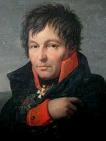









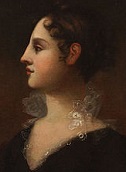


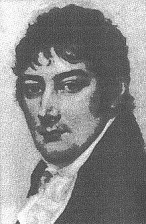











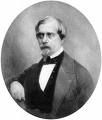

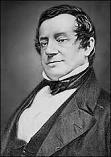
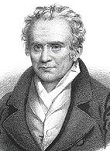


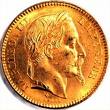



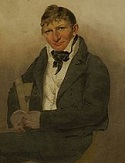
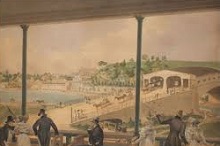


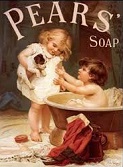
1807 On Feb. 4 (Wed.) after a month-long fight, the English House of Lords passes the Abolition of the Slave Trade Act of 1807 of William Wilberforce (1759-1833), followed by the Commons on Feb. 22 by 283-16 (as Wilberforce sits in his chair weeping?), which is given royal assent on Mar. 25, but the law has no teeth, and the light fines and nonexistent jail prospects make scofflaws out of ship captains, who often chuck slaves overboard to avoid paying; Wilberforce spends the next 18 years of his career in the House of Commons fighting for the total emancipation of existing slaves; meanwhile the U.S. Congress bans the importation of slaves beginning Jan. 1, 1808; the U.S. now supplies 60% of Britain's cotton - you can't flag the king, or, illegal use of a hand truck? On Jan. 20 Wilmington, Del.-born Caesar Augustus Rodney (1772-1824), known for preparing the articles of impeachment against John Pickering in 1804 becomes U.S. atty. gen. #6 (until Dec. 5, 1811). On Jan. 31 the Jewish Sanhedrin convenes for the 2nd time in France (until Mar.), and codifies the law making the Jewish religion equal to Christianity in France, along with the relationship of rabbis to the state, pissing-off Napoleon's uncle Cardinal Joseph Fesh, who asks him: "So you wish the end of the world to come with your actions to give the Jews equality with Catholics?" In Jan. former U.S. vice-pres. #3 (1801-5) Aaron Burr Jr. (1756-1836) learns that Gen. James Wilkinson (1757-1825) (gov.. #1 of La. Territory since 1805) has betrayed him as he nears Natchez, Miss., and makes a run for Pensacola, Fla., but on Feb. 19 he is arrested in Ala. and taken to Richmond, Va., and indicted on June 24 for treason for plotting with Wilkinson, Jonathan Dayton et al. to create an empire encompassing the Mississippi Valley, Mexico, and the Am. West; he claims he only wanted to farm 40K acres in Tex. leased to him by Spain; he is tried starting on Aug. 3 in Richmond, Va., presided over by Chief Justice John Marshall, with new U.S. atty. gen. Caesar Augustus Rodney and Md.-born atty. William Wirt (1772-1834) (U.S. atty. gen. #9 in 1817-29) as prosecutors, but is acquitted on Sept. 1 for lack of evidence since he had committed no overt treasonable acts and there weren't two witnesses; after his 1825 death, Wilkinson is found to have been a paid agent for the Spanish crown, causing U.S. pres. Theodore Roosevelt to utter the soundbyte: "In all our history, there is no more despicable character"; during the proceedings Marshall attends a dinner given by Burr and his chief defense counsel, and Jefferson refuses a subpoena to appear in court and produce papers, citing executive privilege; Burr has even more charges pending, but skips bail and flees to France to cool his heels, returning to New York in July 1812 to practice law; meanwhile his beloved daughter Theodosia Burr Alston (1783-1813), wife (since 1801) of S.C. gov. #44 (1812-14) Joseph Alston (1779-1816) (first newlywed couple to honeymoon in Niagara Falls) raises money for him and writes letters to Treasury secy. Albert Gallatin and First Lady Dolley Madison pleading his cause, but never sees him again, sailing to New York from Georgetown, S.C. on Dec. 31, 1812 to meet him and mysteriously disappearing, spawning numerous legends - fly away, I'll see you again? In Jan. the Orthodox Catholic Serbs liberate Belgrade from the Muslim Turks. On Feb. 7-8 the French and Russo-Prussian armies fight the indecisive Battle of Eylau; on June 14 the French kick their butts totally in the Battle of Friedland; Karl vom Stein is recalled, and on July 7-9 after Austrian wheeler-dealer Prince Klemens von Metternich unsuccessfully tries to break the Franco-Russian alliance and flops over to share the spoils, the Treaty (Treaties) of Tilsit (Tilset), signed in a pavilion on a raft in the Neman River by Alexander I of Austria, Napoleon I of France, and Frederick William III of Prussia partitions the Ottoman Empire and divides Europe between France and Russia, recognizing the Confederation of the Rhine and ceding all territories W of the Elbe (incl. Saxony), which become the Kingdom of Westphalia, with Napoleon I's youngest brother Jerome Bonaparte (1784-1860) as king (until 1813), and his wife Catharina Frederica von Wurttemberg (Württemberg) (1783-1835) as queen, with capital in Cassel (Kassel), which they intend to set up as the model for the other German states; Prussia loses Poland and all territory W of the Elbe, and along with Russia is forced to recognize the new state of the Grand Duchy of Warsaw carved out of Poland; Prussia loses approx. half of its territory, closes its ports to the British, limits its standing army to 42K, and pays a 120M franc (mark?) indemnity (raised to 140M in 1808), all despite dick-teaser Queen Louise of Prussia having a "personal interview" with Nappy first?; Prussia's once top-drawer military hits rock bottom, and while the king seems resigned to it, PM Karl vom Stein has other ideas, and begins military reforms, encouraged by the queen, led by new chief of staff maj.-gen. Gehard Johann David Waitz von Scharnhorst (1755-1813), who turns it into a nat. army incl. a Landwehr (army reserve) based on universal service with a simplified admin. and promotions based on merit, with foreign recruits prohibited, and corporal punishments limited to flagrant insubordination, schooling his student Karl von Klausewitz, er, Carl von Clausewitz (1780-1831); Russian adm. Dmitri Senavin sheds tears when he gets the news of the treaty on Aug. 12, and now that Nappy is considered Russia's ally and Britain its foe, he has to forfeit all his conquests and return to Sevastopol, evacuating Tenedos on Aug. 25 and sailing from Corfu on Sept. 19, officially leaving the Mediterranean; Frederick Augustus III, who turned his electorate of Saxony into a kingdom in 1805 before the dissolution of the HRE in 1806 begins to reign as duke of Warsaw, becoming an ally of Napoleon; the French shut down the U. of Halle, forcing scholar Friedrich August Wolf to move to Berlin. On Mar. 3 after Congress changes the number of justices on the U.S. Supreme Court to seven, and Pres. Jefferson nominates him on Feb. 28, Thomas Todd (1765-1826) of Va. becomes U.S. Supreme Court justice #16 (until Feb. 7, 1826), going on to issue only one dissenting opinion in Finley v. Lynn and establish the rule in Riggs v. Taylor that if an original document can't be introduced into evidence for reasons out of one's control, secondary evidence can be used. On Mar. 19-May 24 (78 days) 27K French troops under French marshal (since 1804) Francois Joseph Lefebvre (1755-1820) siege and capture approachable-only-from-the-west Danzig (Gdansk) from 11K Prussian and Russian troops under Prussian gen. Count Friedrich Adolf Kalckreuth (1737-1818), which Napoleon establishes on Sept. 9 as an independent free city (until 1814), gaining Lefebvre the title of 1st Duc de Dantzig (Danzig), and Kalckreuth a promotion to field marshal. On Mar. 25 after William Greenville's Ministry of All the Talents collapses over the failure to make peace with France or accomplish Catholic emancipation, British PM (since Feb. 11, 1806) William Grenville, 1st Baron Grenville resigns, and on Mar. 31 former PM (Apr. 2-Dec. 18, 1783) William Henry Cavendish-Bentinck, 3rd Duke of Portland (1738-1809) (a former conservative Whig turned Pittite Tory after the French Rev.) becomes British PM (until Oct. 4, 1809). On Mar. 31 after Britain declares war on Turkey to protect their route to India and invades Egypt, Mehmet Ali, with the support of the Mamluks defeats the British at the Battle of Rosetta (Rasheed), and the British agree to withdraw from Egypt incl. Alexandria on Sept. 19; meanwhile on Feb. 19 the British fleet under adm. Sir John Thomas Duckworth (1747-1817) forces the defenses of the Dardanelles and anchors off Constantinople for the first time in history despite the Turks firing the 1464 Great Turkish Bombard (Dardanelles Gun), which kills 28; on Feb. 24 the Russian navy under adm. Dmitri Nikolayevich Senyavin (1763-1831) reaches the Dardanelles and captures the island of Tenedos in Mar., blockading the straits and cutting off supplies to Constantinople; too bad, Duckworth loses 600 men to shore battery fire, and refuses to join with Senyavin's fleet on an expedition to Alexandria, which turns out bad; meanwhile the blockade causes the Janissaries to revolt against reformer sultan (since 1789) Selim III (b. 1761), and imprison and despose him in favor of his nephew Mustafa IV (1779-1808) (son of Abdul Hamid I), who becomes Ottoman sultan #29 (until July 28, 1808), and orders the blockade broken by his navy, causing the naval Battle of the Dardanelles on May 11, and the naval Battle of Mount Athos (Monte Sancto) (Lemnos) on June 19-22, which are both Russian Vs, the Turks losing a third of their fleet. In Apr.-July the Prussian fortress town of Kolberg resists a siege by the French; mayor Joachim Nettelbeck (1738-1824) later tells about it in his autobio. On May 4 the Treaty of Finckenstein is signed in Finckenstein Palace in East Prussia by France and Persia, guaranteeing the integrity of Persia and its possessions in Georgia and E Transcaucasia in return for Persia declaring war on Britain, expelling all Brits, and agreeing to a joint Franco-Persian-Afghan invasion of India; too bad, the Brits have a different mind and make sure that the treaty is never realized until they sign a treaty on Mar. 12, 1809 with Persia forcing the French out; Napoleon's favorite dragoman (multilingual translator) Pierre Amedee (Amédée) Emilien Probe Jaubert (1779-1847) accompanies Persian envoy Mirza Mohammed Reza Qazvini to meet with Napeoleon at Finckenstein Palace on Apr. 27. On June 18 the Battle of Arpachai on the Akhurian River in Armenia sees a 7K-man Russian force under Gen. Count Ivan Gudovich defeat and repel a 24K-man Ottoman force under Yusuf Pasha, earning Gudovich a promotion to field marshal; too bad, he loses an eye in the battle, and after failing to take Erivan next yer, retreating with his soldiers to Georgia, he resigns, retiring three years later to his enormous estates in Podolia in SW Ukraine. On July 1 after defeating incumbent Morgan Lewis by 35,074 to 30,989 votes, Scarsdale, N.Y.-born Dem.-Repub. politician Daniel D. (Decius?) Tompkins (1774-1825) becomes N.Y. gov. #4 (until Feb. 24, 1817), going on to defeat Jonas Plat in 1810 by 43,094 to 36,484 votes, and Stephen Van Rensselaer in 1813 by 43,324 to 39,718 votes, and Rufus King in 1816 by 45,412 to 38,647 votes before coming in 2nd in the 1816 U.S. pres. election and becoming U.S. vice-pres. #6 on Mar. 4, 1817-Mar. 4, 1825; in the War of 1812 he reorganizes the N.Y. state militia after raising 40K soldiers using his personal fortune as security for equipment, and institutes conscription to create a standing army, declining an appt. as U.S. secy. of state by U.S. Pres. James Madison in 1814 in favor of appointment as cmdr. of the federal military district that incl. New York City. On Aug. 16 Napoleon suppresses the Tribunate, solidifying his dictatorship, and replaces Talleyrand as foreign affairs minister with adm. Jean Baptiste de Nompere (Nompère) de Champagny, 1st Duc de Cadore (1756-1834) (until Apr. 11) - with Pam, food sticks to nothing? On Aug. 17-21 Robert Fulton sails his twin-paddle North River steam boat Clermont ("Fulton's Folly") on the Hudson River from New York City to Albany and back, and receives a U.S. patent for its construction. On Aug. 29 the Battle of Koge (Køge) sees 6K British troops with 1,376 cavalry sieging Copenhagen defeat 7K Danish militiamen from Sjaelland, causing them to throw away their wooden clogs to flee. In Sept. France asks Denmark to join the Continental System; in Oct. before they can decide, hearing that the French might use it to invade them, the English bombard Copenhagen and capture and carry off the entire Danish fleet, causing pissed-off Denmark to swiftly ally with France. On Oct. 12 the Erfurt Convention is signed, refinforcing Napoleon's alliance with Russia and allowing him to proceed to Spain - to give it his magical touch? On Oct. 27 the Peninsular War (ends Apr. 17, 1814) begins after France gets pissed-off at Portugal for not joining the Continental Blockade, and in early Nov. it occupies Portugal, causing King Joao VI (prince regent) to flee on Nov. 29 with mad screaming Maria I and the entire Braganza royal family incl. its 15K hangers-on in advance of French armies and transfer the Portuguese Braganza Court next Jan. to Salvador da Bahia, bowing to pressure and signing a commercial law opening commerce between Brazil and friendly nations esp. Britain; meanwhile in Sept. the Russian fleet under adm. Dmitri Nikolayevich Senyavin (1763-1831) leaves, arriving in Lisbon on Oct. 30, and the British navy moves in and blockades Lisbon, starting the Anglo-Russian War (ends July 18, 1812); after French forces under gen. Jean-Andoche Junot, 1st Duke of Abrantes (1771-1813) overrun Lisbon, Senyavin's fleet is caught in the middle, causing Senyavin to turn diplomat in an effort to save it, starting with ignoring orders from Napoleon via the Russian embassy in Paris to replace British officers on some of his ships with French ones; Nappy's ultimate plan for Portugal is to split it into three sections, with N Portugal from the Douro to the Minho becoming the Kingdom of Northern Lusitania, headed by Carlo Lodovico II of Etruria (1799-1883), the Alentejo Province and Kingdom of the Algarve merged into the Principality of the Algarves, headed by Spanish PM Manuel de Godoy, and the remaining portion directly ruled by France. On Dec. 17 the Milan Decree reiterates the French blockade of bad boy Britain, and on paper Napoleon I has now closed the entire European coastline to them, although Pope Pius VII refuses to join. On Dec. 22 after the Chesapeake Incident between the U.S. and Britain, where U.S. commodore James Barron (1768-1851) surrenders the U.S. frigate Chespeake to a British ship (and is later court-martialed), Pres. Jefferson signs the retarted U.S. Embargo Act, prohibiting all internat. trade with U.S. ports, which almost causes a home revolt, although it hurts Britain, which is already suffering from the French Continental System; the Chesapeake Bay Retriever dog breed is developed about this year from two puppies rescued from a shipwreck off the coast of Md. Henri Christophe is appointed pres. of Haiti, and a civil war begins with Gen. Alexandre Sabes Petion (until 1811) when the former expresses the need to be king - are you mocking me? The Twi-speaking Ashanti (Asante) (Ashantee) people N of Ghana federate into a kingdom, and begin attempting to conquer the Fanti tribes of the coast, tangling with the British (until 1826). Sierra Leone and Gambia become British crown colonies. Prussian Baron Heinrich Friedrich Karl vom Stein (1757-1831) convinces Prussian King Frederick William III to abolish personal serfdom and the estate system and issue the Edict of 1807, freeing the peasants on St. Martin's Day in 1810; the govt. and military is modernized, and universal military service is introduced. Bootmakers and shoemakers in Philadelphia go on strike, and a court finds them guity of a "combination to raise their wages"; it takes until 1842 for the trade unions to get protection in the courts. Richmond, Va. establishes a police force. William Cobbett coins the term "red herring" for strong smelling smoked kippers used to lay a false trail for hunting dogs. The Mutiny on the Bounty was no fluke? New South Wales Gov. Capt. William Bligh arrests Irish leader Michael Dwyer and his comrades on trumped-up charges of insurrection, then splits them up and sends them to other settlements; he is later deposed, and Dwyer and his comrades allowed to return to Sydney and given land grants by the new gov. The fortress island of Heligoland (Helgoland) in the North Sea is seized from Denmark by Britain (until 1890). The U.S. Coast Survey is established on Feb. 10 by the U.S. Dept. of Commerce, becoming the first U.S. scientific agency, changing to the U.S. Coast and Geodetic Survey in 1878; in 1870 the U.S. Nat. Weather Bureau is formed, followed on May 22, 1917 by the U.S. Coast and Geodetic Survey Corps (NOAA Corps); on Oct. 3, 1970 the Nat. Oceanic and Atmospheric Admin. (NOAA) is formed. The Geological Society of London is founded by London physician James Parkinson (1755-1824) et al. The Shaker town of Watervliet in Albany County, N.Y. at the navigation head of the Hudson River opposite Troy (5 mi. N of Albany) is selected as the site of the first U.S. arsenal, manufacturing cannon. The U.S. Evangelical Assoc. (Albright Brethen) of Am. Protestants of German descent, founded by Jacob Albright (Jakob Albrecht) (1759-1808) holds its first convention; after a schism in 1894 it ends up joining the United Methodist Church in 1968. The city of Nashville, Tenn. (modern pop. 500K) (founded 1779), named after brig. gen. Francis Nash (1720-77) on the Cumberland River in Davidson County is incorporated. Fur trapper John Colter explores the Yellowstone area. Whig leader Lord Palmerston begins his political career as a Tory in the English ministry. N.Y. atty. Martin Van Buren (1782-1862) marries his maternal cousin Hannah Hoes (1783-1819); they have 4 sons and no daughters; too bad, she dies of TB 17 years before he is elected U.S. pres. Napoleon I, seeing himself as the reincarnation of Julius Caesar begins minting 20-franc Gold Napoleons, depicting him wearing a crown of laurel leaves (ends 1815); their size and quality makes them a model for other Euro nations. Pears brand transparent perfumed soap is first sold by Cornwall-born barber Andrew Pears (1770-1845) of London, England; in Aug. 1890 the co. buys the 1886 painting Bubbles by Sir John Everett Millais, using it as an ad. J.G. Pleyel founds a pianoforte factory in Paris. Sports: The Ascot Gold Cup horserace in Ascot, England is first run, and witnessed by George III and Queen Charlotte; the first winner is Master Jackey, who wins 100 guineas. Architecture: New Palace in Stuttgart, Germany (begun 1746) finishes construction. A 120-ft. lighthouse is begun on Inchcape (Bell) Rock in the North Sea 12 mi. SE of Arbroath, Scotland (finished 1810), known for its treacherous reef, immortalized in the 1820 Robert Southey poem Inchape Rock - no more need for that bell? (see 1178) The Simplon Road in the Alps (begun 1800) is completed. The Gothic revival Fonthill Abbey in Wiltshire, England begun 1795) is built by architect James Wyatt (1746-1813) to house the library of historian Edward Gibbon, purchased and donated by eccentric rich bi guy William Thomas Beckford, plus Beckford's art collection. Inventions: On July 20 French inventor (Joseph) Nicephore Niepce (Nicéphore Niépce) (1765-1833) (later of photography fame) and his older brother Claude receive a patent from Napoleon for the world's first internal combustion engine, which powers a boat upstream on the Saone River. Swiss inventor Francois Isaac de Rivez receives a patent for a gas-driven automobile. Townsend Speakman of Philadelphia, Penn. invents soda water, later adding fruit juices for palatability. Science: Charles Bell discovers the sensory-motor nerve system. Humphry Davy uses a voltaic battery to isolate the metallic elements potassium (#19) (chemical symbol K for German Kalium) and sodium (#11) (chemical symbol Na for Latin Natrium) from caustic potash. German astronomer Heinrich Olbers discovers the asteroid Vesta (only one known to have light and dark areas) on Mar. 29, and lets Carl Friedrich Gauss name it; Olbers goes on to propose that the asteroid belt is proof of a blown-up planet. Thomas Young coins the term "energy", from Gr. "work within". Nonfiction: Charles Bell, System of Comparative Surgery. Georg Wilhelm Friedrich Hegel (1770-1831), The Phenomenology of Spirit (Mind) (Phanomenologie des Geistes); his first major work, which gets him a job as dir. of the gymnasium of Nuremberg in 1808-16; proposes the Thesis-Antithesis-Synthesis dialectic according to which knowledge pushes forwards to greater certainty, and ultimately towards knowledge of the noumenal world, making fans of Marx, Nietzsche et al. George Chalmers (1742-1825), Caledonia (4 vols.); the history of Scotland from 80-1306 C.E.; too bad, he dies before finishing it, with vol. #2 appearing in 1810 and #3 in 1824. Gottlieb Hufeland, New Foundations of Political Economy. Alexander von Humboldt and Bonpland, Voyage aux Regions Equinoxiales du Nouveau Continent, 1799-1804 (vol. 1 of 30); about Spanish America. Gaspard Monge (1746-1818), Application de l'analyse à la géométrie, à l'usage de l'Ecole impériale polytechnique; causes him to become known as "the Father of Differential Geometry". Thomas Paine (1737-1809), The Age of Reason, Pt. 3. Jean Paul (1763-1825), Levana, or Pedagogy. David Ramsay (1749-1815), The Life of George Washington, Commander in Chief of the Armies of the United States of America, Throughout the War which Established their Independence, and First President of the United States. Jean Charles Leonard de Sismondi (1773-1842), History of the Italian Republics in the Middle Ages (Histoire des Republiques Italiennes du Moyen Age) (16 vols.) (1807-18); inspires Italian nationalists. William Smith (1756-1835), A Letter to William Wilberforce; summarizes the abolitionist side. Thomas Thornton (1762-1814), The Present State of Turkey; 2nd ed. 1809; disses William Eton's "Survey of the Turkish Empire" (1798). Music: Ludwig van Beethoven (1770-1827), Leonora Overture, No. 3. Johann Ludwig Dussek (1760-1812), The Return to Paris (sonata); written after returning to the employ of Talleyrand, from the POV of Marie Antoinette, whose ghost returns. Etienne Nicolas Mehul, Joseph (opera) (Paris). Thomas Moore (1779-1852), Irish Melodies (10 vols.) (1807-34); music by John Stevenson. Gasparo Spontini, La Vestale (opera) (Paris). Art: Antonio Canova (1757-1822), Paolina Bonaparte as Reclining Venus (sculpture); Helen of Troy (sculpture). Jacques-Louis David (1748-1825), Coronation of Napoleon. Jean Auguste Dominique Ingres (1780-1867), La Source (1807-58). John Flaxman (1755-1826), Sir Joshua Reynolds (sculpture) (St. Paul's Cathedral, London). J.M.W. Turner (1775-1851), Sun Rising in a Mist. Plays: Thomas Dibdin (1771-1841), Harlequin and Mother Goose; or, The Golden Egg: A Comic Pantomime (Theater Royal, Covent Garden); big hit for English clown Joseph Grimaldi (1778-1837). Poetry: Joel Barlow (1754-1812), The Columbiad; rev. ed. of "Vision of Columbus". Lord Byron (1788-1824), Hours of Idleness; first vol. of poetry. George Crabbe (1754-1832), The Parish Register. Friedrich de la Motte Fouque, Historie vom edlen Ritter Galmy. James Hogg (1770-1835), The Mountain Bard; written after a visit by Sir Walter Scott to his hometown of Ettrick in 1802. William Wordsworth (1770-1850), Poems, in Two Volumes; incl. Ode to Duty (1805) ("Nor know we anything so fair/ As is the smile upon thy face"), Ode: Intimations of Immortality ("To me the meanest flower that blows can give/ Thoughts that do often lie too deep for tears"), Miscellaneous Sonnets; Mr. W[ordsworth] ceases to please... clothing [his ideas] in language not simple, but puerile" (Lord Byron); Sonnets Dedicated to Liberty, incl. I Wandered Lonely as a Cloud, To a Highland Girl, The Solitary Reaper, Character of the Happy Warrior, The World Is Too Much With Us; The White Doe of Rylstone; or The Fate of the Nortons; after the publisher rejects it, he doesn't pub. it until 1815. Novels: Ugo Foscolo (1778-1827), Dei Sepolcri (From the Sepulchres); his masterpiece, about the mighty dead being summoned from their tombs to fight for their country. Ivan Krylov (1769-1844), Fox and Crow and Other Fables; 23 fables; makes him a star in Russia. Charles Robert Maturin (1782-1824), The Fatal Revenge; or The Family of Montorio (first novel); Gothic romance pub. under the alias Dennis Jasper Murphy. Lady Sydney Morgan, The Wild Irish Girl. Washington Irving (1783-1859), William Irving, and James Paulding (1778-1860), Salmagundi; Or, The Whimwhams and Opinions of Launcelot Langstaff; gives the name Gotham to New York City. Robert Southey (1747-1843), Letters from England: By Don Manuel Alvarez Espriella; observations of a fictitious Spaniard. Madame de Stael (1766-1817), Corinne, ou L'Italie; first to use the word "salon" instead of bureau d'esprit; "Tout comprendre rend très-indulgent" ("To know all is to forgive all") (Book 18, Ch. 5). Charles Lamb (1775-1834) and Mary Lamb (1764-1847), Tales from Shakespeare. Births: Slovak mathematician-physicist (inventor of opera glasses, the Petzval portrait lens, and the Laplace transform) Joseph Petzval (d. 1891) on Jan. 6 in Spisska Bela (Szepesbela), Austria-Hungaria. Am. Confederate Gen. Robert Edward Lee (d. 1870) on Jan. 19 in Statford, Westmoreland County, Va.; son of Henry "Light-horse Harry" Lee (1756-1818) and Ann Hill Carter Lee (1773-1829); descendant of Sir Thomas More and Robert II of Scotland; graduates #2 from West Point in 1846. Irish explorer (Arctic) rear adm. Sir Robert John le Mesurier McClure (d. 1873) on Jan. 28 in Wexford. Am. Civil War Confed. gen. Joseph Eggleston Johnson (d. 1891) on Feb. 3 near Farmville, Va.; grandnephew of Patrick Henry; graduates from West Point in 1829; the highest ranking officer to resign from the U.S. Army in Apr. 1861 to join the Confeds. Am. "Hiawatha", "Paul Revere's Ride", "Evangeline" poet ("the Children's Poet") Henry Wadsworth Longfellow (d. 1882) on Feb. 27 in Portland, Maine; educated at Bowdoin College in Brunswick; one of the five Fireside Poets; first American to translate Dante's "The Divine Comedy"; coins the phrases "the patter of little feet", "ships that pass in the night", "I shot an arrow into the air". Am. Mormon pres. #4 (1889-98) Wilford Woodruff Sr. (d. 1898) on Mar. 1 in Farmington, Conn.; first fly fisherman in the Rocky Mts.? English civil servant Sir Charles Edward Trevelyan, 1st Baronet (d. 1886) on Apr. 2 in Taunton, Somerset; educateed at Charterhouse School; ancestor of Laura Trevelyan (1968-). Am. novelist-scholar Henry William Herbert (d. 1858) (AKA Frank Forester) on Apr. 7 in London, England; son of William Herbert (1778-1847); grandson of Henry Herbert, 10th earl of Pembroke (1734-94); educated at Eton College and Caius College, Cambridge U.; emigrates to the U.S. in 1831. Am. Mormon leader ("the Apostle Paul of Mormonism") Parley Parker Pratt Sr. (d. 1857) on Apr. 12 in Burlington, N.Y.; great-great-grandfather of Mitt Romney (1947-); great-great-great-grandfather of Jon Huntsman Jr. (1960-) French celeb Francoise "Fanny", Duchess de Choiseul-Praslin (nee Francoise Altarice Rosalba Sebastiani) (d. 1847) on Apr. 14 in Constantinople; daughter of Horace Sebastiani (1771-1851) and Antoinette Jeanne Sebastiani (nee Franquetot) (1778-1807). Am. Fla. gov. #5 (1861-5) John Milton (d. 1865) on Apr. 20 near Louisville, Ga.; descendant of poet John Milton. Am. Civil War Confed. gen. "Prince" John Bankhead Magruder (d. 1871) on May 1 in Port Royal, Va; educated at the U. of Va., where he dines with Thomas Jefferson (1743-1826), followed by the U.S. Military Academy. Anglo-Irish architect Thomas Henry Wyatt (d. 1880) on May 9 in County Roscommon, Ireland; brother of Matthew Digby Wyatt (1820-77). Swiss-Am. biologist-geologist Jean Louis Rodolphe Agassiz (d. 1873) on May 28 in Motier (Haut-Vully), Friborg, Switzerland; educated at Erlangen U., and Munich U.; husband (1850-) of Elizabeth Cabot Cary Agassiz (1822-1907). German poet and art philosopher Friedrich Theodor Vischer (d. 1887) on June 30 in Ludwigsburg. Am. statesman-politician (founder of Clemson U.) Thomas Green Clemson (d. 1888) on July 1 in Philadelphia, Penn.; Quaker father, Episcopalian mother; educated at Norwich U. Italian freedom fighter ("the Great Liberator") Giuseppe Garibaldi (d. 1882) on July 4 in Nice. Mexican Gen. Mariano Guadalupe Vallejo (d. 1890) on July 4 in Monterey, Calif. Am. stage actor (black) Ira Aldridge (d. 1867) on July 24 in New York City; emigrates to England in 1824. U.S. Sen. (D-Mo.) (1843-55) David Rice Atchison (d. 1886) on Aug. 11 in Lexington, Ky.; educated at Transylvania U. French statesman-atty. and pres. #3 of the French Repub. (1879-87) Francois Paul Jules Grevy (Grévy) (d. 1891) on Aug. 15 in Mont-sous-Vaudrey (near Dole), Jura; avid billiards player; namesake of Grevy's zebra; perfect rep. of the bourgeois? U.S. Rep. (R-Mass.) (1859-61) and ambassador to the U.K. (1861-8) Charles Francis Adams (d. 1886) on Aug. 18 in Boston, Mass.; son of U.S. pres. John Quincy Adams (1767-1848); grandson of U.S. pres. John Adams (1735-1826); brother of George Washington Adams (1801-29) and John Adams II (1803-34); husband (1828-) Mary Catherine Hellen (his cousin); father of historian Henry Brooks Adams (1838-1918); educated at Boston Latin School, and Harvard U.; studies law with Daniel Webster. Kiwi PM #1 (1856) Henry Sewell (d. 1879) on Sept. 7 in Newport, Isle of Wight, England. English chemist Robert Warington (d. 1867) on Sept. 7 in Sheerness, Kent; educated at Univ. College London; inventor of the aquarium principle. English "The Enfranchisement of Women" feminist brain woman Harriet Taylor Mill (nee Hardy) (d. 1858) on Oct. 8 in Walworth (near Durham); wife (1851-8) of John Stuart Mill (1806-73); co-author of his most important works? Am. Dem. Calif gov. #1 (1849-51) Peter Hardeman Burnett (d. 1895) on Nov. 15 in Nashville, Tenn. Icelandic Romantic poet Jonas Hallgrimsson (d. 1844) on Nov. 16 in Steinsstadir; educated at the U. of Copenhagen. Am. realist painter William Sidney Mount (d. 1868) on Nov. 26 in Setauket, Long Island, N.Y. Am. "Barbara Frietchie" abolitionist poet-essayist (Quaker) John Greenleaf Whittier (d. 1892) on Dec. 17 in Haverhill, Mass. Norwegian Romantic poet-critic Johan Sebastian Cammermeyer Welhaven (d. 1873) on Dec. 22 in Bergen. Persian chancellor (1848-51) (Twelver Shiite) Amir Kabir (Mirza Taghi Khan Farahani) (d. 1851) in Hazaveh, Farahan. Scottish "The Two Babylons" Free Church of Scotland minister-writer Alexander Hislop (d. 1865) in Duns, Berwickshire. Korean silhak scholar Park Gyu-su (Pak Kyu-su) (d. 1876) in Seoul. English reform school advocate Mary Carpenter (d. 1877) in Exeter. French chef Jules Gouffe (Gouffé) (d. 1877) in Paris. Germon physiologist-embryologist Theodor Ludwig Wilhelm Bischoff (d. 1882) in Hanover; demonstrates the presence of oxygen and carbon dioxide in the blood. Deaths: English architect John Carr (b. 1723) on Feb. 22 in Ashkam Richard (near York). British field marshal George Townshend, 1st marquess Townshend (b. 1724) on Sept. 14. Italian cardinal Henry Benedict Stuart (b. 1725) on July 13 in Frascati; last of the Stuart line; leaves his Crown Jewels to the Church, in charge of Monsignor Angelo Caesarini, who sends some to prince regent George of Wales (George IV). English "Amazing Grace" abolitionist divine John Newton (b. 1725). Corsican patriot leader Pasquale de Paoli (b. 1725) on Apr. 6 in England; a bust is placed in Westminster Abbey. French marshal Comte de Rochambeau (b. 1725) on May 10 in Thore-la-Rochette. English novelist Clara Reeve (b. 1729) on Dec. 3 in Ipswich. English industrialist John "Iron-Mad" Wilkinson (b. 1728). French astronomer Joseph Jerome Lalande (b. 1732) on Apr. 4. English actor-lexicographer John Walker (b. 1732) on Aug. 1 in London. Am. Black Freemasonry founder Prince Hall (b. 1735) on Dec. 4. Estonian-born Russian gen. Ivan Ivanovich Michelson (b. 1740) on Aug. 17 in Bucharest, Romania. Swiss-Austrian painter Angelica Kauffmann (b. 1741) on Nov. 5 in Rome. Mohawk Indian Chief Joseph Brant (b. 1742) in Ontario, Canada; dies on land along the Grand River granted by the British for his war services; first to translate the Bible (New Testament) into Mohawk - the last of the Mohicans? Am. engineer-soldier Loammi Baldwin (b. 1744) on Oct. 20 in Woburn, Mass. U.S. chief justice #3 (1796-99) Oliver Ellsworth (b. 1745) on Nov. 26 in Windsor, Conn.; appointed chief justice of Conn., but dies before taking office. British painter John Opie (b. 1761) on Apr. 6. Am. portraitist Edward Greene Malbone (b. 1777) on May 7 in Savannah, Ga.










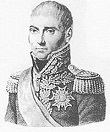
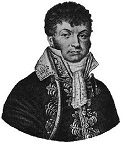









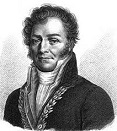


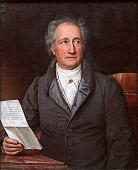

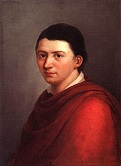



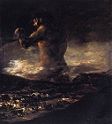

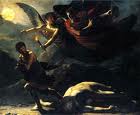
1808 In Jan. after Pres. Jefferson follows Washington's precedent and does not seek a 3rd term, a Repub. congressional caucus nominates secy. of state James Madison for pres., and N.Y. gov. (1777-95, 1801-4) George Clinton for vice-pres. In early Mar. France invades Spain with 100K troops under the pretext of guarding its coasts against the British, and takes Barcelona and Madrid, causing a palace rev. in Aranjez and forcing the dismissal of chief minister Manuel de Godoy (1767-1851) and on Mar. 19 Spanish Bourbon king #4 (since 1788) Charles IV (1748-1819) abdicates in Aranjuez in favor of his son Prince Ferdinand, who is proclaimed Ferdinand VII "the Desired" "the Felon King" (1784-1833), Bourbon king of Spain #5, who turns to Napoleon for support and abdicates on May 6, and is kept under guard in Chateau de Valencay (owned by Talleyrand) by Napoleon (until 1813), while Napoleon's brother Joseph Bonaparte (1768-18445) is made king Jose I of Spain (until Dec. 11, 1813), sparking uprisings and leading to the Peninsular War; Godoy is captured by a mob, rescued by the French, and lives the rest of his life in exile in Paris. On Mar. 13 king (since Jan. 14, 1766) Christian VII (b. 1749) dies, and his son Frederick VI (1768-1839), who has been serving as crown prince regent during his father's mental illness since 1784 becomes king of Denmark (until Dec. 3, 1839); he is not coronated until July 31, 1815; he chooses the motto "Gud og den Retfaerdige Sag" (God and the Just Cause), which is adopted by all succeeding monarchs. On Mar. 17 after criticism by Cardinal Joseph Fesch, Tsar Alexander I, Chateaubriand (who compares him to Nero and Tacitus, causing Nappy to threaten to run him through on the steps of the Tulieries Palace but ends up banishing from Paris) et al., Napoleon I issues a Restrictive Decree limiting the freedoms he had granted to the Jews, then after holding private audiences with Jews, turns around and lifts the restrictions in 13 (half) of the depts. of France, the rest following by 1811 - John Jacob Jingleheimer Schmidt, his name is my name too? On Apr. 6 German-born John Jacob Astor (1763-1848) charters the animal-slaughtering Am. Fur Co. to compete with the British fur monopoly in Canada, with the aim of setting up trading posts along the Missouri and Columbia Rivers, founding Ft. Astoria in 1811 in Oregon Territory as a terminal station at the mouth of the Columbia River; after the War of 1812 kills his fur biz for awhile, he expands his shipping activities to China and other countries, then leaves the fur biz in the 1830s to speculate on Manhattan real estate and govt. securities, becoming America's first millionaire by 1834, croaking in 1848 with a $30M fortune after donating a measly 13% of it ($400K) to found the Astor Library, leaving the rest to his son - he has a warm heart after how many animals and people were hurt to get rich? On Apr. 13 the first temperance society in the U.S. is formed by the members of the Congregational church in Moreau, Saratoga County, N.Y. On Apr. 14 the Battle of Bayonne is a D for new Spanish king Joseph Bonaparte, elder brother of Napoleon, who is transferred from Naples to be crowned on June 6, while Napoleon's fashionplate brother-in-law Joachim Murat (1767-1815) becomes king of Naples (until 1815); Ferdinand VIII is imprisoned in France; on Sept. 25 an opposition govt. is formed in Cadiz, which recognizes Ferdinand VIII as true king; in Dec. Napoleon abolishes the Inquisition in Spain and Italy by decree, after which it keeps popping up again until 1834; the Spanish revolt and the British come to their aid, joining the Peninsular War. On Apr. 17 the Bayonne Decree of Napoleon I orders seizure of U.S. ships on the pretext that they are in violation of the 1807 U.S. Embargo Act, resulting in $10M worth of seizures. On May 24 18K French troops under Gen. Pierre-Antoine Dupont de l'Etang (l'Étang) (1765-1840) leave Toledo for Cadiz, harried by Spanish guerrillas; on June 7 the First Battle of Alcolea Bridge (next in 1868) at a bridge over the Guadalquivir River in Alcolea (6 mi. from Cordoba) is a V for 18K French troops under Gen. Pierre Dupont over 3K Spanish troops under Gen. Pedro Echavarri, after which the French invade Cordoba the same afternoon and sack the city for four days; Gen. Dupont leaves 70 troops to protect the bridge, which are massacred by guerrillas led by Montoro mayor Juan de la Torre. On June 21 ex-Janissary Pasha Mustafa Alemdar (Bayrakdar) (1765-1808) of Rustchuk (Ruscuk) (Rousse) (Russe) (in Bulgaria on the Danube River 120 mi. from the Black Sea) arrives in Constantinople with an army of 15K to take on 40K Albanian and Bosnian rebels, after which sultan (since 1789) Selim III (b. 1761) is strangled in his seraglio while playing his flute by his chief black eunuch on orders of his nephew Mustafa IV (b. 1779), and thrown into the inner courtyard of the palace to show the rebels, who raise him to the throne, only to be killed along with the rebels by Alemdar; meanwhile after escaping assassination by being hidden by his mother in the furnace of a bath, leaving him the sole remaining member of the royal line of Osman, Selim III's younger brother Mahmud (Mahmut) II (1785-1839) is crowned Ottoman sultan #30 (until July 1, 1839), with Bayrakdar as grand vizier, who then makes the mistake of trying to continue the reforms, and on Nov. 15 1K Janissaries attack him in his house in the Porte, causing him to blow up his powder magazine in the cellar and commit suicide, taking 400 Janissaries with him; the Russian blockade of Constantinople is unbroken; Mustafa IV doesn't attempt any reforms for a good long time, needing to get rid of the pesky Janissaries first (1826), but goes on to attempt to modernize Turkey with Euro-style culture in 1839, setting the example by dressing in Euro military dress. On June 26-28 the First Battle of Valencia is a Spanish V over the French under Marshal Bon-Adrien Jeannot de Moncey, 1st Duc de Conegliano (1754-1842), who give up on taking the city and retreat to Madrid, abandoning E Spain. On July 5 departmental depots de mendicite are established to control begging in France. On July 12 British Lt. Gen. Arthur Wellesley (1769-1852) leaves Cork, Ireland with 9K men for the Iberian Peninsula to fight in the Peninsular War, rendezvousing with 5K troops from Gibraltar. On July 29 the Battle of Evora (Évora) sees an outnumbered Portuguese-Spanish force of 2.5K incl. peasants trying to defend the town routed by a French-Spanish div. under Gen. Louis Henri "One-Hand" (Maneta) Loison (1771-1816), who then sack the town, indiscriminately slaughtering 8K, while losing only 290. On Aug. 15 Klemens von Metternich has an important audience with Napoleon, in which Nappy denounces Count Stadion's strengthening of Austrian armaments, tipping off Metternich to Nappy's new plans to turn on Austria, causing him to return to Vienna in Nov. and urge the emperor to declare war first, bolstered by exaggerated reports of French reverses in Spain. On Aug. 16 after the Spanish revolt and the British come to their aid, joining the Peninsular War, the French begin losing and retreating, starting with the Battle of Rolica, followed by the Battle of Cadaval Aug. 17, and the Battle of Vimeiro on Aug. 21, which are all Vs for the Anglo-Portuguese army under Gen. Athur Wellesley over the French under Gen. Jean-Andoche Junot; too bad, on Aug. 30 the Convention of Cintra, signed in the Palace of Queluz allows the the French to evacuate Portugal, leaving the trapped Russian fleet of adm. Dmitry Senyavin to face a larger British force plus coastal artillery, which Senyavin answers by threatening to blow up his ships and fire Lisbon if attacked, resulting in British adm. Sir Charles Cotton, 5th Baronet (1753-1812) signing a makeshift convention allowing them to leave under British escort for Portsmouth, England on Aug. 31, with Senyavin given supreme command of the "joint Anglo-Russian fleet", but when they arrive on Sept. 27 the British Admiralty and the lord mayor of London get pissed-off at seeing their flags, causing them to be detained until winter so they can't return to the Baltic, after which the half-starved fleet slinks off to Riga next Aug. 5, arriving on Sept. 9, after which Senyavin is forced into retirement (until 1825); meanwhile Sir George Scovell (1774-1861) of the British Army breaks the Grand (Great) Cipher of Napoleon, helping tilt the odds against the French; the London Times sends German-educated Henry Crabb Robinson (1775-1867) to Spain to cover the war, becoming the first war correspondent and keeping a cool diary. Metter-nich, Metter-nich, go Klemmy go? On Sept. 17 after the1808 Russo-Swedish War begins over control of Finland, the Treaty of Fredrikshamm (Hamina) is signed by Sweden and Russia, giving Russia control of Finland as far as the Tornea River and the Aaland Islands; Finland becomes an autonomous grand duchy of the Russian Empire (until Dec. 6, 1917); another treaty mediated by Russia and signed in Paris incl. Sweden in Napoleon's Continental System; on Sept. 20 Napoleon holds a meeting with Klemens von Metternich of Austria in which he declares that war with Russia is inevitable; meanwhile the Austrian govt. is torn between the pro-French and pro-Russian parties, causing Metternich to make his smoothest move ever of counseling the emperor for a middle course of "armed abstention", reasoning that an alliance with Russia isn't worth crap and it would be better to hold the tsar for ransom as he fights France, while an alliance with France is suicidal since France is "a power whose exclusive object is the destruction of the old order of things which Austria is the defender of", and it would be cooler for Austria to be the one free player left in the Euro power game; testing his hand, Metternich tells Russian Count Shuvalov that it is Austria's #1 interest to maintain the integrity of Turkey, so they better not mess with it. In Sept. the dejected Federalists renominate their 1804 ticket of Charles Cotesworth Pinckney for pres. and Rufus King for vice-pres.; Sen. James Monroe and George Clinton now chime in and express their desire to be pres., causing a newspaper war, all aiming to discredit Madison, accusing him of bias against England and subservience to France; Pres. Jefferson saves him by releasing diplomatic correspondence of 1804-8 which clears him; John Randolph's Quids back James Monroe against Madison, but fail to create a third party, and Monroe fizzles. In the fall Britain suffers a poor harvest. On Oct. 31 after a 23K-man Spanish (Galician) army under Irish-born gen. Joachim (Joaquin) Blake y Joyes (1759-1827) advance E of Bilbao to cut the French lines of communication back to Bayonne, the Battle of Zornoza (Pancorbo) is a V for the 22K-man French army under Marshal Claude Victor-Perrin, 1st Duke of Belluno (1764-1841), and Marshal Francois Joseph Lefebvre, 1st Duke of Dantzig (1755-182) with 1.2K French vs. 3K Spanish casualties, after which Blake leads his army in a heroic retreat W through the mountains, chased all the way by Marshal Soult, arriving in Leon on Nov. 23 with only 10K left, pissing off Napoleon I. In Oct. 11-y.-o. Franz Peter Schubert (1797-1828) becomes a choirboy in the imperial chapel in Vienna, and enters the Kaiserlich-Konigliches Stadtkonvikt (Imperial and Royal City College) (main musical school of Vienna) until his voice cracks on July 26, 1812 and he leaves in Oct. 1813, getting introduced to the music of Mozart and making a bunch of lifelong friends, incl. Italian I-coulda-had-a-V8 composer Antonio Salieri (1750-1825), who takes him on as his pupil. On Nov. 10-11 the Battle of Espinosa de los Monteros in the Cantabrian Mts. is another V for the French under Marshal Lefebvre over the Spanish under gen. Joachim Blake. On Nov. 23 the Battle of Tudela is a V for Napoleon over the Spanish armies on the Ebro River. On Dec. 13 Madrid capitulates to Napoleon I, who forces the British advancing from Portugal under gen. Sir John Moore to retreat; Napoleon then leaves marshal (since 1804) Nicolas Jean-de-Dieu Soult (1769-1851) AKA "the Hand of Iron" in command as he heads for Rome. On Dec. 20 after resisting a first siege on June 15-Aug. 13, with irregular troops defeating regular army troops in street fighting, then using Napolon's slowness after Tudela to fortify the city and attract 60K volunteers, the Second Siege of Saragossa by the French begins (ends Feb. 20), led by Aragon capt. gen. Joseph Palafox (Jose de Palafox y Melzi), becoming an epic resistance that turns into a Pyrrhic V for the French? The people of the Dominican Repub. begin a revolt against their Haitian conquerors (ends 1809). In Prussia Baron Karl vom Stein gives the ability to control municipal affairs over to local elected officials (muncipal councils), is dismissed again under pressure of Napoleon I, and goes into exile in Russia. Napoleon I makes his high chancellor Jean Jacques Regis, duc de Cambaceres the duke of Parma. Pres. Jefferson utters the soundbyte "We consider their interest and ours as the same, and that the object of both must be to exclude all European influence in this hemisphere." The St. Lawrence Seaway is proposed (finished 1959). Ellis Island passes to New York State, and they sell it to the U.S. govt. for $10K for use as an arsenal (until 1892). Concord (founded 1727) becomes the capital of N.H. Ft. Madison is founded in modern-day Ohio as one of three U.S. Army posts established to establish control over the La. Purchase territory, becoming the first permanent U.S. military fort on the Upper Mississippi River; Ft. Belle Fontaine near St. Louis is also founded to control the mouth of the Missouri River, and Ft. Osage (Clark) (Sibley) near modern-day Kansas City is founded to control trade with western tribes. The source of the Ganges River is discovered by the British, despite turning back at Mana Pass. Excavations of ancient Pompeii begin (end 1815). British atty. Sir Samuel Romilly (1757-1818) begins a crusade against the 200-odd petty offenses still punishable by death, such as stealing fish, picking pockets, and appearing in the road in blackface; when he dies, Sir James Mackintosh (1765-1832) carries on for him (ends 1823). The Philadelphia Bible Society is founded. Bishop John Carroll is made archbishop of the new Roman Catholic archdiocese of Baltimore, Md. Roman Catholic layman Edmund Ignatius Rice (1762-1844) founds the Presentation Brothers in Waterford, Ireland, becoming the first congregation of men founded in Ireland; in the 1820s it grows so much it splits off the Christian Brothers, with Job 1:21 as their motto ("The Lord has given, and the Lord has taken away; blessed be the name of the Lord forever"). The Napleonic Wars in the Iberian Peninsula force up the price of horses in Britain, spurring the development of locomotives. Pigtails disappear from men's hair in Europe. Napoleon organizes the U. of France, with the Sorbonne resurrected as its seat. The original Dances with Wolves? The U. of Belgrade is founded by the Serbs as the Great School. The Theatre de la Rue St. Philippe opens in New Orleans on Jan. 30, featuring quadroon balls. 15-y.-o. Sam Houston runs away from his farm in Tenn. and lives with a band of 300 Cherokees for three years; Chief Oolooteka adopts him as his son and gives him the title Coloneh (raven) (war party leader). Napier and Son is founded in Lloyds Court, St. Giles, London, England by Scottish-born engineer David Napier (1785-1873) to produce 2-sided-paper steam-powered printing presses for Hansard, official publisher for Parliament, along with coin-weighing machines for the Bank of England. Inventions: British Navy Capt. Samuel Brown (1776-1852) and blacksmith Robert Flinn of Bell St. North Shields, England patent improved iron anchor chains for ships, spurring development and manufacturing efforts, so that by 1836 underwriters quit charging higher insurance rates for vessels using them, and by 1853 Lloyds requires them. The first soda fountain is set up in New Haven, Conn. by ? Sherman under the direction of Yale prof. Benjamin Silliman. Science: Humphry Davy uses electrolysis to isolate chemical elements Barium (#56) (Ba) (as an amalgam only - the pure metal is not isolated until 1901) and Strontium (#38) (Sr). French Sorbonne prof. of physics (1808-32) Joseph Louis Gay-Lussac (1778-1850) and Baron Louis-Jacques Thenard (Thénard) (1777-1857) isolate hard nonmetallic element Boron (#5) (B); Gay-Lussac measures the relative volume of gases involved in chemical reactions, and next year formulates Gay-Lussac's Law of Combining Volumes, that the ratios of the volumes of reacting gases are small whole numbers; it is independently discovered by Jacques Charles - also true for gay-lez ass gasses? French chemist Joseph-Louis Proust (1754-1826) proves that relative quantities of any pure chemical compound's constituent elements remain constant regardless of source. German physician Johann Christian Reil (1759-1813) coins the term "psychiatry" (Gr. "psyche" + "iatros" = mind/soul + healer). Am. physician John Stearns develops analgesics for labor pains. Nonfiction: Richard Cumberland (1732-1811), Memoirs (1806-7). John Dalton (1766-1844), New System of Chemical Philosophy (1808-27); gives the atomic weights of elements relative to the weight of hydrogen, forming the basis of the modern periodic table - Democritus struts on the catwalk? K.F. Eichhorn, Geschichte des Deutschen Rechts. Charles Simon Favart (1710-92), Memoires et Correspondance Litteraire, Dramatique et Anecdotique de C.S. Favart (posth.); his correspondence with Count Durazzo of Vienna about French theater. Johann Gottlieb Fichte (1761-18); Addresses to the German Nation; pub. after Napoleon occupies Germany and crushes the Prussian army at Jena in 1806, causing him to freak out and go nationalist, whipping-up nationalist feeling and guiding the uprising against him, helping found German nationalism. Francois Marie Charles Fourier (1772-1837), Theorie des Quartre Movements et des Destinees Generales; introduces socialistic Fourierism, the theory that universal harmony trumps throwing rice away because of low prices, therefore people should be forced into phalanxes of 1.6K people so that nobody goes without? Jakob Friedrich Fries (1773-1843), New Critique of Reason. Arnold Heeren (1760-1842), Versuch einer Entwickelung der Folgen der Kreuzzuge fur Europa. John Lempriere (1765-1824), Universal Biography of Eminent Persons in All Ages and Countries. Christoph Meiners (1747-1810), History of the Female Sex. Jean Paul (1763-1825), Peace Sermon (Friedenspredigt). Karl Wilhelm Friedrich von Schlegel (1772-1829), On the Speech and Wisdom of the Indians (Von der Sprache und Weisheit der Inder) (Heidelberg); backs up Sir William Jones (1786) on the etymological connection between Sanskrit, Greek, and Latin, turning on Greek academics to the study of Sanskrit, incl. Franz Bopp. Robert Southey (1774-1843) (tr.), Chronicle of the Cid, from the Spanish. Music: Ludwig van Beethoven (1770-1827), Fifth Symphony, Op. 67 ("the most sublime noise that has ever penetrated into the ear of man" - E.M. Forste); Carl Czerny later claims that Beethoven got the first four notes from the call of the Yellowhammer bird; Sixth (Pastoral) Symphony, Op. 68 (featuring trombones); #5 and #6 debut simultaneously in Vienna on Dec. 22 in a 4-hour concert which also incl. Piano Concerto No. 4, the concert aria Ah, Perfido, and two movements from the Mass in C, with the grand finale being the Choral Fantasy (with a theme similar to 1824's "Ode of Joy"); too bad, it breaks down halfway through because the best musicians are at a benefit concert featuring Haydn, so he has to hire 2nd rate ones; Beethoven's last stage appearance as a pianist. Art: Antonio Canova (1757-1822), Napoleon I as Mars (sculpture); ends up being given by Louis XVIII to the Brits, who give it to the Duke of Wellington. Kaspar Friedrich, The Cross on the Mountains. Henry Fuseli (1741-1825), Death of Cardinal Beaufort in 1447; based on Shakespeare's "Henry VI, Pt. II". Francisco de Goya (1746-1828), Execution of the Citizens of Madrid; The Colossus (Panic) (1808-10). Baron A.J. Bros, The Battle of Eylau. Jean Auguste Dominique Ingres (1780-1867), La Grande Baigneuse. Pierre-Paul Prud'hon (1758-1823), Divine Vengeance Pursuing Crime; nets him a Legion of Honor. Plays: George Colman the Younger (1762-1836), The Heir at Law; Dr. Pangloss. Richard Cumberland (1731-1811), Hint to Husbands (blank verse). Friedrich de la Motte Fouque (1777-1834), Sigurd der Schlangentodter, ein Heldenspiel in Sechs Abentheuren (first of trilogy) (ends 1810); first modern German dramatization of the Nibelung legend, later built on by Friedrich Hebbel and Richard Wagner. Johann Wolfgang von Goethe (1749-1832), Faust, Pt. 1 (Pt. 2 in 1832); meet classic Mephistopheles in Romantic hell? Franz Grillparzer (1791-1872), Blanca von Castilien (1807-9) (verse tragedy). Heinrich von Kleist (1777-1811), Das Katchen von Heilbronn. Charles Mathews (1776-1835), At Home (Lyceum Theatre, London); a 1-man show, the first monopolylogue? Adam Oehlenschlager (1779-1850), Hakon Jarl (tragedy). Vittorio Raineri, Ancient Gauls Sacrificing a Cow. Poetry: Thomas Moore (1779-1852), Irish Melodies; eulogizes Robert Emmet, "Oh, breathe not his name!" Sir Walter Scott (1771-1832), Marmion: A Tale of Flodden Field; Lochinvar carries off fair maiden Ellen at her wedding feast; "They'll have fleet steeds that follow"; "Oh what a tangled web we weave when first we practice to deceive." Novels: Francois-Rene de Chateaubriand (1768-1848), Les Aventures du Dernier Abencerage (pub. 1826). Joseph von Eichendorff (1788-1857), Die Zauberei im Herbst; Obserschlesische Marchen und Sagen (Upper Silesian Fairy Tales and Sagas) (1808-10). Elizabeth Hamilton (1756-1816), The Cottagers of Glenburnie. Charles Robert Maturin (1782-1824), The Wild Irish Boy; Gothic romance; pub. under alias Dennis Jasper Murphy. Births: U.S. treasury secy. #25 (1861-4) and chief justice #6 (1864-73) Salmon Portland Chase (d. 1873) on Jan. 13 in Cornish, N.H.; educated at the U. of Cincinnati, and Dartmouth College; the fishy face on the U.S. $10K bill; coiner of the slogan "Free soil, free labor, free men"; his sister Hannah later dies of a heart attack during dinner, and he goes on to outlive three wives, his parents, and a child, and says "What a vale of misery this world is. Death has pursued me incessantly ever since I was twenty-five." Am. anarchist abolitionist writer Lysander Spooner (d. 1887) on Jan. 19 in Athol, Mass. German "The Life of Jesus, Critically Examined" Rationalist liberal Protestant theologian David Friedrich Strauss (d. 1874) on Jan. 27 in Ludwigsburg (near Stuttgart); educated at the U. of Tubingen; husband (184-) of Agnese Schebest (1813-69). Czech dramatist-writer-actor Josef Kajetan (Kajetán) Tyl (d. 1856) on Feb. 4 in Kutna Hora; author of the Czech nat. anthem "Where Is My Home". German "The Poor Poet" Romantic Biedermeier painter-poet Karl (Carl) Spitzweg (d. 1885) on Feb. 5 in Unterpfaffenhofen (near Munich), Bavaria. French painter-lithographer-caricaturist Honore (Honoré) Victorin Daumier (d. 1879) on Feb. 26 in Marseilles. Am. brewer David Gottlieb Jungling (Jüngling) (Yuengling) (d. 1877) on Mar. 2 in Aldingen, Wurttemberg, Germany; emigrates to the U.S. in 1828. Swiss jurist-politician-educator Johann Kaspar Bluntschli (d. 1881) on Mar. 7 in Zurich. German anthropologist-physician Franz Ignaz Pruner (d. 1882) on Mar. 8; educated at the U. of Munich. Am. naval commodore William David Porter (d. 1864) on Mar. 10 in New Orleans, La.; son of David Porter (1780-1843); brother of David Dixon Porter (1813-91); foster brother of David Farragut (1801-70). British water cure doctor James Manby Gully (d. 1883) on Mar. 14 in Kingston, Jamaica; educated at the U. of Edinburgh. Am. Oregon Protestant missionary Narcissa Prentiss Whitman (d. 1847) on Mar. 14 in Prattsburgh, N.Y.; wife of Marcus Whitman (1802-47). French-Spanish soprano Maria Malibran (Maria Felicia Garcia Sitches) (d. 1836) on Mar. 24 in Paris; daughter of Manuel Garcia (1775-1832). Spanish Romantic poet Jose (José) Javier Oriol Encarnacion (Encarnación) Espronceda y Delgado (d. 1842) on Mar. 25 in Almendralejo, Badajoz. Am. Episcopal bishop Mark Antony De Wolfe (DeWolfe) Howe Sr. (d. 1895) on Apr. 5 in Bristol, R.I.;great-grandson of Mark Antony Dewolf; educated at Phillips Academy, and Middlebury College; father of Mark Antony De Wolfe Jr. (1864-1960). French painter Eugene-Emmanuel Amaury Pineux Duval (d. 1885) on Apr. 16 in Montrouge; son of Amaury Duval (1760-1838); nephew of Alexandre Pineux Duval (1767-1842); student of Jean-Auguste-Dominique Ingres (1780-1867). U.S. Rep. (Whig-Ind.) (1843-9) and U.S. interior secy. #6 (1861-3) Caleb Blood Smith (d. 1864) on Apr. 16 in Boston, Mass.; grows up in Ohio; educated at Miami U, and U. of Cincinnati. French pres. and emperor (1852-70) Napoleon III (Charles Louis Napoleon Bonaparte) (d. 1873) on Apr. 20 in Paris; nephew of Napoleon I (1769-1821). English pianist (Unitarian) Emma Darwin (nee Wedgwood) (d. 1896) on May 2 in Maer Hall, Maer, Staffordshire; granddaughter of Josiah Wedgwood (1730-95); first cousin of hubby (1839-) Charles Darwin (1809-92) through Josiah Wedgwood and his wife Sarah; pupil of Frederic Chopin. U.S. Supreme Court justice #40 (1870-80) William Strong (d. 1895) on May 6 in Somers, Conn.; grows up in Penn.; educated at Yale U. Irish "The Bohemian Girl" operatic composer-singer Michael William Balfe (d. 1870) on May 15 in Dublin. Am. Confed. pres. (1862-5), U.S. war secy. #23 (1853-57), and U.S. Sen. (D-Miss.) (1857-61) Jefferson Finis Davis (d. 1889) on June 3 in Christian County (near Favirview, Todd County), Ky.; youngest of 10 children of Philly-born Samuel Emory Davis (1756-1824), who served in the Continental Army during the Am. Rev. War, and Ky.-born Jane Cook (1759-1845); husband (1845-) of Varina Howell Davis (1826-1906) - his middle name is what? Norwegian radical anti-Danish poet-dramatist-ed. ("the Walt Whitman of Norway") Henrik Arnold Thaulow Wergeland (d. 1845) on June 17 in Kristiansand. Dutch writer-poet Everhardus Johannes Potgieter (d. 1875) on June 27 in Zwolle, Overijssel. German historian Johann Gustav Droysen (d. 1884) on July 6 in Treptow, Pomerania; son of army chaplain Johann Christian Droysen; father of historians Gustav Droysen and Hans Droysen. Burmese king (1853-78) Mindon Min (Maung Lwin) (d. 1878) on July 8 in Amarapura; half-brother of Pagan Min (-1853). Am. "Twelve Years a Slave" abolitionist writer (black) Solomon Northup (d. 1863) on July 10 in Minerva, N.Y. French Third Repub. pres. #1 (1873-5, 1875-9) and field marshal Comte Marie Edme (Edmé) Patrice Maurice de MacMahon, Duke of Magenta (d. 1893) on July 13 in Chateau de Sully, Saone-et-Loire. English Roman Catholic Cardinal (1875-) Henry Edward Manning (d. 1892) on July 15 in Totteridge, Hertfordshire; switches from Anglican to Roman Catholic in 1851. German mathematician Johann Benedict Listing (d. 1882) on July 25 in Frankfurt; coiner of the term "topology". English evangelical preacher ("the Pilgrim's Companion") Octavius Winslow (d. 1878) on Aug. 1 in Pentonville. U.S. Repub. state secy. #26 (1869-77) and N.Y. gov. #16 (1849-50) Hamilton Fish (d. 1893) on Aug. 3 in Greenwich Village, N.Y.; of Dutch descent; son of Nicholas Fish (1758-1833); father of Hamilton Fish II (1849-1936); grandfather of Hamilton Fish III (1888-1991); great-grandfather of Hamilton Fish IV (1926-96); great-great-grandfather of Hamilton Fish V (1952-); educated at Columbia U. - that name's too good to die? Am. businessman-politician (in Hawaii) Samuel Northrup (Northrop) Castle (d. 1894) on Aug. 12 in Cazenovia, N.Y. Scottish steam hammer inventor James Hall Nasmyth (d. 1890) on Aug. 19 in Edinburgh; son of Alexander Nasmyth (1758-1840); son of Patrick Nasmyth (1787-1831); not to be confused with basketball man James Naismith (1861-1939). Algerian Sufi Muslim emir ("the Modern Jugurtha") Abdelkader ibn Muhieddine al-Hasani (El Djezairi) (d. 1883) on Sept. 6 in Guetna (near oran), Algiers. German Young Germany critic-novelist Theodor Mundt (d. 181) on Sept. 19 in Potsdam. German "Gospel of Poor Sinners" Socialist writer (founder of German Communism) Wilhelm Christian Weitling (d. 1871) on Oct. 5 in Magdeburg, Prussia; starts out as a tailor, goes Commie, has his fun then emigrates to the U.S. in 1846. Danish Oldenburg king (1848-63) (last absolute monarch) Frederick VII (d. 1863) on Oct. 8 in Copenhagen; son of Christian VIII (1786-1848) and Duchess Charlotte Frederica of Mecklenburg-Schwering. Am. Smith & Wesson co-founder Horace Smith (d. 1893) on Oct. 28 in Cheshire, Mass.; not to be confused with poet Horace Smith (1779-1849). Am. Mormon pres. #3 (1880-7) John Taylor (d. 1887) on Nov. 1 in Milnthorpe, Cumbria, England; emigrates to the U.S. in 1838. French "Les Diaboliques" decadent realist novelist (atheist-turned-Roman Catholic) Jules-Amedee Barbey d'Aurevilly (Jules-Amédée Barbey d'Aurevilly) (d. 1889) on Nov. 2 in Saint-Sauveur-le-Vicomte, Normandy; educated at College Stanislas de Paris; known for his dandyism. English travel agent Thomas Cook (d. 1892) on Nov. 22 in Melbourne, Derbyshire; becomes Baptist minister in 1828. British banker-politician (first Jewish MP) (Jewish) Lionel Nathan de Rothschild (d. 1879) on Nov. 22; son of Nathan Mayer Rothschild (1777-1836), son of Mayer Amschel Rothschild (1744-1812); father of Leonora Rotschild (1837-1911), Evelina Rothschild (1839-66), Nathan Mayer Rothschild (1840-1915), Alfred Charles Rothschild (1842-1918), and Leopold Rothschild (1845-1917). U.S. Repub. pres. #17 (1865-9) and vice-pres. #16 (1865) ("the Tennessee Tailor") Andrew Johnson (d. 1875) on Dec. 29 in Raleigh, N.C.; his father dies at age 3, is apprenticed at age 10, becomes a tailor at age 13, and runs away to Tenn. at age 15, where his wife Eliza McCardle teaches him how to write by age 17 - is that what that says, "Trojan"? Deaths: Swedish naval architect vice-adm. Fredrik Henrik af Chapman (b. 1721 on Aug. 19. German-born Am. Moravian missionary David Zeisberger (b. 1721) on Nov. 17 near Gnaudenhutten, Ohio. French historian Louis Pierre Anquetil (b. 1723) on Sept. 6. Irish-born British army officer Sir Guy Carleton, 1st baron Dorchester (b. 1724) on Nov. 10 in Stubbings, Maidenhead, Berkshire. Am. Rev. leader James Warren (b. 1726) on Nov. 28 in Plymouth, Mass. German Johann Wolfgang von Goethe's mother Katharina Elisabeth Goethe (b. 1731) on Sept. 13 in Frankfurt am Main. Am. founding father John Dickinson (b. 1732) on Feb. 14 in Wilmington, Del. Prussian architect Carl Langhans (b. 1732) on Oct. 1 in Grueneiche (near Breslau). French painter Hubert Robert (b. 1733) on Apr. 15 (stroke). Russian adm. Count Alexei Orlov (b. 1737). Am. Mass. gov. #7 (since May 29, 1807) James Sullivan (b. 1744) on Dec. 10 in Boston, Mass. Danish entomology pioneer Johan Christian Fabricius (b. 1745) on Mar. 3. Danish king Christian VII (b. 1749) on Mar. 13 in Rendsburg. Am. Christian leader Jacob Albright (b. 1759) on May 17 in Kleinfeltersville, Penn. (TB). English classical scholar Richard Porson (b. 1759) on Sept. 25. Ottoman sultan (1789-1807) Selim III (b. 1761) on July 28/29 in Constantinople (assassinated on orders of Mustafa IV). Turkish sultan (1807-8) Mustafa IV (b. 1779) on Nov. 15 in Constantinople (executed on orders of Mahmud II).





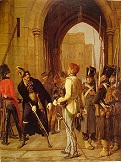
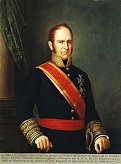
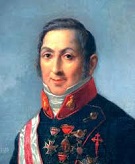


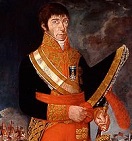
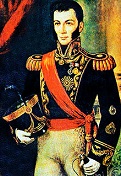
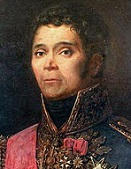
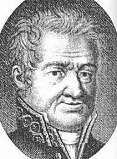
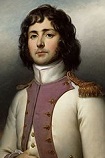
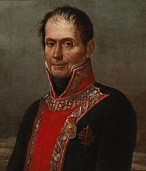







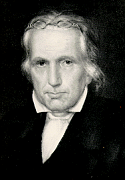

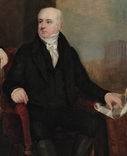
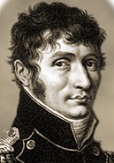








1809 On Jan. 4 the electoral ballots are counted, and Madison gets 122 electoral votes to Pinckney's 47 and Clinton's 6. On Jan. 5 after British adm. Sir John Thomas Duckworth fails to provide effective support for the Russian navy, Britain and Turkey sign the Treaty of the Dardanelles (Chanak), and Shoja Shah meets with Scottish-born British rep. Mountstuart Elphinstone (1779-1859) in Peshawar to plan a joint defense against a possible combined invasion of India by Napoleon and Tsar Alexander I; the treaty affirms the principle that no warships of any power should enter the Dardanelles Straits and Bosphorus Strait; Mahmud Shah is returned to power (until 1818) with the help of PM Fath Khan, who becomes virtual dictator. On Jan. 8 Alexander Andreyevich Baranov (1747-1819), dir. of the Russian Am. Co. arrives at Bodega Bay, Calif. (80 mi. N of modern-day San Francisco) aboard the Kadiak, erecting temporary bldgs. before returning in 1812, then buys the land from the Kashaya Pomo Indians and erects Ft. Ross (Russ), colonizing it with 95 Russians and 80 Aleuts (finished Sept. 1812), and the Russians man it for the next 30 years despite Spanish protests. On Jan. 16 16K French under Marshal Soult defeat 16K evacuating British under Gen. Sir John Moore at the Battle of Coruna (Coruña) (Corunna), and the French overrun all of Andalusia (incl. El Ferrol) except for Cadiz; Moore is KIA by a cannonball. On Feb. 2 the French occupy Rome, then incorporate the Papal States into France on May 17 by Napoleon I's declaration, causing Pope Pius VII to excommunicate him, but on July 6 (2:00 a.m.) Nappy has the pope kidnapped in the Quirinal Palace in Rome and take him to Savona near Genoa, then to Fontainebleau, returning after five years; Nappy's uncle Cardinal Fesch is pissed-off by this and declines the archbishopric of Paris; France captures the Adriatic seaport of Fiume (Rijeka) from Hungary (until 1813). On Feb. 3 Illinois Territory is created, with capital at Kaskaskia (founded 1703) (until 1820); in Apr. 1881 the town is destroyed by a flood that shifts the Mississippi Rover from W of the town to E, making it one of the only parts of Ill. W of the river - now it's time to swindle them redskins out of their land? On Feb. 20 the U.S. Supreme Court rules that the power of the federal govt. is greater than that of any individual state. On Feb. 20 Saragossa finally falls to the French after losing 54K defenders, incl. 20K soldiers and 34K civilians, reducing the pop. from 55.K to 15K, while the French lose 10K men, 4K KIA and the rest dying of illness. In Feb. after tensions with Britain causes the U.S. to reduce its naval presence in the Mediterranean, the dey of Algiers captures the USS Sally and enslaves its 15 crewmembers, ramping up his jizya operation for Allah on the infidels. On Mar. 1 the U.S. Congress replaces the Embargo Act of 1807 with the U.S. Nonintercourse Act, permitting internat. trade with all countries except Britain and France. On Mar 4 Va.-born Princeton-educated 5'4" (shortest U.S. pres.) 100 lb. atty. ("Publius") secy. of state (since 1801) James Madison (1751-1836), AKA "the Father of the Constitution", "the Sage of Montpelier", "Withered Little Apple-John" (Washington Irving), "the Fugitive President", "Little Jemmy", "His Little Majesty" becomes the 4th U.S. pres. (until 1817) in the 6th U.S. Pres. Inauguration, becoming the first pres. to wear trousers rather than knee breeches; George Clinton continues as the 4th vice-pres.; First Lady Dorothea Dandridge Payne Todd "Dolley" Madison (1768-1849) likes to be called "Queen Dolley"; at the inaugural ball a guest breaks windows for air. Secure our supply of port wine first, then get serious? On Mar. 10-12 after getting off to a slow start in Galicia, the French win the Siege of Chaves in Portugal, followed on Mar. 20 by the Battle of Braga, then force a passage on the Ave River on Mar. 25-26, arriving at Oporto with 16K of his original 22K men, finding that 6 mi. of fortifications have been built for its 30K defenders, only 5K of which are experienced soldiers; on Mar. 21-25 the Portuguese retake Chaves; on Mar. 29 the First Battle of Oporto is a V for Marshal Soult; meanwhile in Mar. another French army under Marshal Claude Victor-Perrin, Duc de Belluno (1764-1841) invades Estremadura; too bad, Arthur Wellesley returns in Apr., and on May 12 he and his 25K men defeat Soul and his 20K men at the Second Battle of Oporto (Porto) (the Douro River), causing Soult to retreat N over mountainous terrain, losing several thousand men and most of their transport, after which Wellesley turns S to take care of Marshal Victor on July 27-28 at the bloody inconclusive (tactical Anglo-Spanish V, strategic French V) Battle of Talavera 70 mi. SW of Madrid, protecting Portugal from further invasion; big man Arthur Wellesley is created duke of Wellington, and his brother is created marquis Wellesley and appointed foreign secy. On Mar. 25 after the House of Commons acquits him by 278-196 of receiving bribes for army commissions via his mistress (since 1803) Mary Anne Clarke (nee Thompson) (1776-1852), Prince Frederick, Duke of York resigns as British CIC (since 1795) because of the high number of votes against him; on May 29, 1811 after it is revealed that Clarke had been paid by his chief accuser, he is reinstated, and she is convicted of libel in 1813, serving 9 mo. then heading to exile in France. On Mar. 29 under Russian pressure Swedish king (since 1792) Gustavus IV (1778-1837) is deposed by the military, and the Riksdag gives the crown to his uncle Charles XIII (1748-1818) (until Feb. 5, 1818), restoring the power of the aristocracy; Gustavus' descendants are barred from succession; French Marshal Jean Baptite Bernadotte is elected crown prince of Sweden, and his son Oscar (b. 1799) is made duke of Soderman, later marrying Josephine de Beauharnais (Leuchtenberg) (1807-76), granddaughter of French empress Josephine - I'm DJ Jean B, call me, tell me your story? On Mar. 29 the Finnish Diet formally acknowledges annexation of Finland by Russia in return for guaranteeing religious freedom, traditional rights and privileges, and the Finnish constitution; the Finnish Estates take an oath of allegiance to the Russian tsar, who appoints a gov.-gen. and an imperial senate; on Sept. 17 Sweden and Russia sign the Treaty of Fredrikshamn (Hamina) with Russia acknowledging the transfer, ending the Russo-Swedish War (begun 1808); too bad the Russkies renege on their pledge and try to Russianize Finland, and the Finns fight back, with the slogan "We have ceased to be Swedes; we cannot become Russians; we must be Finns", and in a mere 110 years (1919) they set up a Finnish repub. Stow the steer's horns and get out the pitchforks and scythes? On Apr. 6 Archduke Charles of Austria appeals to the whole German volk to embark on a war of liberation from Nappy and the Frogs, and begins an invasion of Bavaria, on Apr. 10 forming the Fifth Coalition against Napoleonic France with Britain (ends Oct. 14); the French place Austrian ambassador Klemens von Metternich under arrest in Paris under the cover story of retaliation for the Austrian govt. arresting two French ambassadors in Hungary; too bad, only Tyrol (Tirol) responds, and stages a peasant revolt led by Andreas Hofer, defeating a Bavarian army at Innsbruck (many peasants armed only with scythes, pitchforks, and sledge hammers), pissing-off Napoleon at the idea of it all, and causing him to hurry back from Spain, getting Francis I of Austria to renege on his promises to Hofer and surrender Tyrol to the French by the Armistice of Znaim on July 12, then send a 40K-man French-Bavarian army under French marshal Francois Joseph Lefebvre to Innsbruck, which Hofer also defeats, causing him to be elected gov. of the Tyrol, ruling for 2 mo. under Francis I. On Apr. 19-23 a French army under Marshal Jean Lannes sieges and captures Ratisbon (Regensburg) (modern-day Regensburg) on the Danube River 65 mi. N of Munich, where Napoleon is shot in the foot; Robert Browning later immortalizes the day in his poem Incident of the French Camp. On Apr. 22 the Sir Arthur Wellesley returns to Portugal to command Portuguese forces. On May 5 after seeing his chance to liberate Prussia from Napoleon, Prussian Maj. Ferdinand Baptista von Schill (b. 1776) leads his men out of Berlin under guise of maneuvers, skirmishes with the Magdeburg garrison, then heads N looking for supporters, while the Prussian king issues proclamations against joining them; on May 24 they are surrounded and attacked by 5K Danish and Dutch troops at Wismar, and escape to Stralsund, digging in and attempting to repair the crumbling fortifications; on May 31 the Danish-Dutch army overwhelms and defeats them, killing von Schill, and capturing all his officers, which are handed over to the French and hung or shot; Schill's head is sent to Leiden (until 1837); meanwhile Duke Charles William Ferdinand of Brunswick-Luneburg (1735-1806) raises volunteers who fight their way across Germany to the North Sea, where they are evacuated by the British navy. On May 15 Mary Dixon Kies becomes the first woman issued a U.S. patent for a technique for weaving straw with silk or thread to make bonnets; she is praised by Dolly Madison for fitting in with her husband's U.S. industry plans. Is Nappy's cloak of invincibility showing its frayed lining? On May 13 Napoleon captures Vienna, and the fleeing Austrians destroy the bridges across the Danube River, slowing him down, until his engineers find Lobau Island 4 mi. away, and construct a bridge; Klemens von Metternich is conducted from Paris to Vienna under military guard at Napy's orders to eat merde; too bad, on May 20-21 24K men and 60 cannon cross, only to find 95K Austrians and 200 cannon waiting for them, and on May 21-22 the Battle of Aspern-Essling sees Napoleon suffer his first reverse as his men take 21K casualties only to end up retreating back over the bridge, with the loss of Nappy's right hand man Marshal Jean Lannes, 1st Duc de Montbello, 1st Prince de Siewierz (b. 1769), who is crushed by a cannonball, his left leg amputated, and dies of fever on May 31, causing Nappy and his army to openly weep and vow revenge, after which they recross the Rhine River, join forces with Italian viceroy Eugene Rose de Beauharnais (1781-1824) (able stepson and adopted child of Napoleon), and cross again, scoring a grudge V on July 5-6 at the Battle of Wagram (wanna grab 'em by the what?), which makes a hero out of gen. Alexandre MacDonald after he breaks the Austrian center, causing Napoleon to make him a marshal of France on the spot, followed by duke of Taranto; French Gen. Pierre Yreix Daumesnil (1776-1832) loses a leg, which is replaced by a wooden one, causing him to be given the nickname "Jambe de bois"; before the battle Metternich is exchanged at Komarom for the two French ambassadors he was being held hostage for, and urges Austrian emperor Alexander I on July 7 to sue for peace, causing a power play, after which Count von Stadion resigns on July 8, and Metternich is named minister of state on Aug. 4. On May 23 the Battle of Alcaniz (Alcañiz) W of Teruel, NE Spain is a V for the Spanish under Gen. Joaquin Blake y Joyes (1759-1827) over the French (who lose 2K casualties, vs. 300 for the Spanish) under Maj. Gen. Louis Gabriel Suchet after the artillery of Spanish Gen. Martin Garcia-Loygorri e Ichaso (1759-1824) mauls the close French columns with accurate salvos, getting him promoted to field marshal and becoming the first artillery officer to receive the Laureate Cross of Saint Ferdinand. On May 25 the Chuquiasca Rev. in Chuqiasca (modern-day Sucre), Bolivia deposes gov. Ramon Garcia de Leon y Pizarro, who is accused of supporting a Portuguese protectorate, and Argentine Col. Juan Antonio Alvarez (Álvarez) de Arenales (1770-1831) becomes military gov. On July 15 after arriving in Montevideo to replace Santiago de Liniers for suspected Bonapartist sympathies, Adm. Baltasar Hidalgo de Cisneros (1756-1829) becomes viceroy #1 of the Rio de la Plata (until May 25, 1810). On July 31 Am. Rev. War gen. John Stark (1728-1822), hero of the 1777 Battle of Bennington coins the soundbyte: "Live free or die: Death is not the worst of evils" in a letter written to the anniv. of the battle, which he is unable to attend due to poor health; it becomes the N.H. state motto in 1945. On Aug. 10 Ecuador declares independence from Spain. On Aug. 11 the Battle of Almonacid near Toledo, Spain is a V for the 30K-man French IV Corps under Gen. Horace Francois Bastien Sebastiani de La Porta (Horace François Bastien Sébastiani de La Porta) (1771-1851) over the 26K-man Spanish Army of La Mancha under Gen. Francisco Javier Venegas de Saavedra y Raminez de Arenzana (1754-1838) after decisive charges by Polish uhlans, with 2.4K French vs. 3.5K Spanish casualties, and 2K Spanish taken POW. On Sept. 7 Rama I (b. 1834) dies, and his son Rama II (Buddha Loetla Nabhalai) (1767-1824) becomes Chakra king #2 of Siam (until 1824), going on to preside over a renaissance of Thai art and culture while fathering 73 children. On Sept. 30 the Treaty of Wayne swindles the Indians of Ohio and Indiana into ceding 2.5M acres of land to the Batman, er, Bruce Wayne, er, the Great White Father of the U.S. On Oct. 4 after British PM (since Mar. 31, 1807) William Cavendish-Bentinck, 3rd Duke of Portland (b. 1738) has a stroke, Tory Pittite Spencer Perceval (1762-1812) becomes British PM (until May 11, 1812), issuing the soundbyte "I have nothing to say to the nothing that has been said." Let me run this shiny brown nose past research and development? On Oct. 14 after the French get tired of haggling with one-upping new foreign affairs minister (since Oct. 8) Klemens von Metternich and deal directly with weak-kneed Austrian Hapsburg emperor Alexander I, issuing an ultimatum to force the issue, the exhausted Austrians agree to the Treaty (Peace) of Schonbrunn (Schönbrunn) (Vienna) (signed by Prince Liechtenstein on behalf of the emperor), making Austria a 2nd-rate power, giving up 32K sq. mi. of territory and 3.5M inhabitants to Russia, Bavaria, the Grand Duchy of Warsaw, and the new Illyrian Provinces along the Adriatic coast, with capital at Lyublyana (Ljubljana) (Laibach) (until 1813); Prussia receives Hanover, but has to give up its territories in S Germany and fire foreign minister Karl August von Hardenberg, whom Napoleon dislikes, and whom he humiliated by forcing Prussia to double the amount of territory ceded after he tried to backsass him, plus close the ports of Hanover to British commerce, isolating Prussia; secret articles force Austria to limit its army to 150K men, and dismiss all officers born in the territories of ancient France, Piedmont or the former Venetian Repub.; Russia receives part of East Galicia, putting it in the middle of the Danubian principalities, and causing Austria to be surrounded and isolated, and the Hapsburg monarchy to be hanging by a thread; Meternich stays on as foreign minister for the next 39 years (until 1848), saddling him with the monumental task of saving a doomed leaky ship; French troops again occupy the Tyrol, but the tenacious Tyrolese revolt again, are defeated, and flee to the mountains, and continue to fight until Nov., when Andreas Hofer, who is hiding in a mountain hut is betrayed and captured by the French, then taken to Mantua and shot next year, refusing to be blindfolded or kneel, and shouting "Long live Kaiser Franz, and aim straight!; Tyrol is annexed to the kingdom of Italy. On Nov. 25 Louis Philippe Bourbon (1773-1850) marries Maria Amelia (1782-1866) (daughter of Ferdinand IV of Naples) in Palermo, waiting in the wings until news of Napoleon's abdication arrives, after which he returns to France and is cordially received by Louis XVIII, who restores his vast Orleans estates. On Nov. 26 the Battle of Alba de Tormes in Alba de Tormes, Spain 13 mi. SE of Salamanca is a V for the French under Metz-born Gen. Francois Etienne (François Étienne) de Kellermann (1770-1835)o over the Spanish under Diego de Canas (Cañas) y Portocarrero, Duke del Parque (1755-1824) after the French catch the Spanish crossing the Tormes River and rout them on the bank with cavalry, causing them to take refuge in the mountains over the winter. On Dec. 15 Napoleon I formally divorces Empress Josephine (d. 1814) for not producing any heirs, letting her have Chateau Malmaison and 5M francs a year to scrape by with - the original Neverland? On Dec. 23 after their 1805 treaty causes the Chickasaws to clear out, and their 1806 Treaty of Washington causes the Cherokees to do ditto, the city of Huntsville, Ala. (modern-day pop. 193K/441K) in NW Ala. N of the Tennessee River is founded by Freemason LeRoy Pope (1765-1844) from Madison County, Ala., who names it Twickenham after the home village of his distant relative Alexander Pope, and lays out the streets in a NE-SW dir. parallel to Big Spring; it is incorporated as a town on Dec. 9, 1811, and a city on Feb. 24, 1860. The Ionian Islands go from French to British rule (until 1864). Britain negotiates a friendship treaty with the Sikhs in Amritsar. John Quincy Adams is appointed by Pres. Madison as U.S. minister in St. Petersburg, Russia, and about the same time Jefferson wins him over to his Dem.-Repub. Party. Metternich is named chief minister of Austria. France loses Martinique and Cayenne to the British, who attack Reunion Island and occupy it next year. The native rebellion succeeds, Santo Domingo is captured, and the Dominican Repub. is founded on the E side of the island of Hispaniola. All remaining property of the shrunken Teutonic Order in Germany is confiscated (until 1840). Rama Varma dies, and Kerala Varma III (Virulam Karkidaka Masathil Theepeta Thampuran) (d. 1828) becomes ruler of Cochin in SW India (until 1828). Britain suffers a poor harvest for the 2nd straight year. British Whig (opposition) leader Henry Richard Vassall Fox, 3rd Baron Holland (1773-1840) introduces a bill for the abolition of the death penalty for stealing; meanwhile he and his wife Elizabeth Vassall Fox (1770-1845) preside over a famous salon at Holland House, hosting brilliant parties for the smart and powerful set, while she writes a famous diary. Tel Aviv is founded in Palestine. Thomas Jefferson retires to Monticello again. Ugo Foscolo (1778-1827), new (since 1808) prof. of Italian eloquence at the U. of Pavia gives his opening lecture, urging that literature be studied in relation to nat. life and growth, a dig at Napoleon, which pisses him off so much that he abolishes the chair of nat. eloquence in all Italian univs. Napoleon tells a host of papal reps.: "Take a good look at me. In me you see Charlemagne." Montana is settled. Pall Mall in London is lit by gas. Scottish-born Am. Rev. War vet Thomas Leiper (1745-1825) builds the first railroad in the U.S. on wooden tracks in Crown Creek, Delaware County, Penn. John Stevens III (1749-1838) sails his home-built screw-driven steamboat Phoenix from Hoboken, N.J. to Philly, becoming the first steamship to successfully navigate the open ocean. Friedrich Wilhelm U. (changed in 1949 to Humboldt U.) is founded in Berlin, with Johann Gottlieb Fichte (1762-1814) (who was fired from the U. of Jena in 1798, fleeing to Berlin) as rector. Miami U. (named after the Am. Indian tribe) is founded in Oxford, Ohio; the first classes are held in 1824. (St.) Elizabeth Ann Bayley Seton (1774-1821) founds the Sisters of Charity in the U.S., becoming the first U.S. congregation of religious sisters, going on to care for wounded soldiers in the U.S. Civil War et al. The German Romantic Nazarene Movement of painters, who reject Neoclassicism and Academic painting and try to bring back the honesty and spirituality of the late Middle Ages and early Renaissance is founded in Vienna as the Brotherhood of St. Luke (Lukasbund), moving to the abandoned Monastery of San Isidoro in Rome next year, living like monks; members incl. Johann Friedrich Overbeck (1789-1869), Franz Pforr (1788-1812), Bernhard Plockhorst (1825-1907), Georg Ludwig Vogel (1788-1879), Johann Konrad Hottinger (1788-1828), Philipp Veit (1793-1877) (reviver of the lost art of fresco painting), Peter von Cornelius (1784-1867), Friedrich Wilhelm Schadow (1789-1862), Julius Schnorr von Carolsfeld, Joseph Anton Koch (1768-1839), and Joseph (Josef Ritter) von Fuhrich (Führich) (1800-76); after influencing the Pre-Raphaelite Movement, they disband by 1830. Early in this cent. Santa Claus begins to show up on Christmas, but he often is skinny, stooped, and grim until Washington Irving makes him jolly and stout this year; he doesn't become officially plump and jolly until 1930s U.S. print ads. Sandalwood trees become extinct in Fiji. Newton, Mass.-born whaling ship seaman John Palmer Parker (1790-1868) jumps ship in Hawaii, then befriends King Kamehameha I and marries one of his granddaughters, obtaining a small herd of cattle and pasturing them in Waimea (modern-day pop. 9.2K), founding Hawaii's ranching industry; later his grandson Col. Samuel Parker (-1920) vastly expands the Parker Ranch to 225K acres on the N side of Hawaii island, and Waimea begins to be called Kamuela, the Hawaiian word for Samuel; the first cowboys are imported from Spain and Mexico, becoming known as paniolos (Espanolas). The Quarterly Review lit. criticism mag. is founded in England, with William Gifford as ed. #1, who delights in dissing John Keats. The Heidelberg group of anti-Napoleonic Romantic writers in Germany disbands. The London Society for Promoting Christianity Amongst the Jews (London Jews' Society) is founded by interdenominational Protestants to convert Jews to Christ (until ?). The Internat. Bible Society in New York City is founded. The complete Bible is translated into Bengali. German-born London publisher Rudolph Ackermann (1764-1834), who patented a waterproofing method for cloth and paper in 1801 and built a factory in Chelsea to manufacture it begins pub. the monthly Repository of Arts, Literature, Commerce, Manufactures, Fashion and Politics (until 1828) for his eclectic interests in his newfangled inventions and ladies' fashions and furniture. The first successful brewery in the village of St. Louis, Mo. (pop. 1K) is founded by John Coons; it closes in 1811; meanwhile in 1810 the Bellefontaine Brewery of Jacques Delassas St. Vrain advertises strong beer for $10/barrel; the brewery burns down in 1812. Sports: The 1-mi. 2000 Guineas Stakes for 3-year-olds is first run at the Newmarket Races in Suffolk on Apr. 18, becoming the first leg of the Triple Crown, followed by the Epsom Derby and St. Leger Stakes. Architecture: On May 20 the Long Street Bridge (originally Long Bridge) over the Potomac River in the District of Columbia opens, becoming the 2nd Potomac bridge after the 1797 one near Little Falls upstream of Georgetown; on Aug. 25, 1814 the British burn the N end, and the Americans burn the S end; it is rebuilt by 1816; it goes on to be washed away in 1831 and 1857 and rebuilt, becoming a favorite of Walt Whitman to use on long hikes outside Washington, D.C. Bristol Harbour in England is built, with lock gates on the Avon River, making it a floating harbor. Inventions: 21-y.-o. Seth Boyden (1788-1870) of Mass. begins a career as an inventor, moving to Newark, N.J. in 1815 and becoming America's first Thomas Edison, starting with a nail-making machine; too bad, he flunks his law aptitude tests and never patents anything, letting others steal him blind while he dies broke? Mighty-white Cherokee leader Sequoyaj (1770-1843) invents the Cherokee Alphabet (Syllabary) (really a syllabary), which is adopted by the Cherokee Nation in 1821. Samuel Thomas von Sommering (Sömmering) (1755-1830) of Germany invents the water voltameter telegraph. Science: Irish-born Robert Adrain (1775-1843) of Princeton U. and Carl (Karl) Friedrich Gauss (1777-1855) of Germany independently pub. the Method of Least Squares. Am. surgeon Ephraim McDowell (1771-1830) performs an ovariotomy, becoming the first successful surgery of the abdominal cavity. French scientist Etienne-Louis Malus (1775-1812) pub. his discovery of the polarization of light by reflection; in 1810 he pub. his theory of double refraction of light in crystals. Nonfiction: Ernst Moritz Arndt (1769-1860), Der Geist der Zeit; a series of polemics against Napoleon I, written in exile in Sweden. Carlo Botta (1766-1837), History of the American War of Independence. Eliakim the Scribe, The First Book of Napoleon, the Tyrant of the Earth (London); by "a descendant of a modern branch of the Tribe of Levi; a rabbi dedicated in the Christian schools of the sons of the prophets", "in the 5813th year of the world, and 1809th year of the Christian era", calling Napoleon a tyrant, who proclaimed himself a worshiper of the idol, went into the land of Egypt and threatened Palestine and Jerusalem, then returned, destroyed the first idol, and led the armies of the Gauls to overwhelm and oppress the kings and princes of the earth to punish them for their wicked ways, causing the oppressed to cry for relief; the true source of the Book of Mormon?; the real author is Scottish solicitor Michael Linning (1774-1838). Carl Friedrich Gauss (1777-1855), Theoria Motus Corporum Coelestium; the least-squares method of computing planetary orbits. Joseph Louis Gay-Lussac (1778-1850), The Combination of Gases. Institut d'Egypte, Description de l'Egypte (20 vols.) (1809-28). Jean-Baptiste Lamarck (1744-1829), Systeme des Animaux sans Vertebres; Philosophie Zoologique; proposes the Lamarckian theory of evolution based on inheritance of acquired characteristics - The sons of pizza chefs have bigger hands? The daughters of librarians have built-in book lamarcks? William Maclure (1763-1840), Observations on the Geology of the U.S.. Clement Clarke Moore (1779-1863), Hebrew and Greek Lexicon (2 vols.). Hannah More (1745-1833), Coelebs in Search of a Wife. Lorenz Oken (1779-1815), Antimechanist Treatise; the German Naturphilosophie movement, believing in the archetypal polarities of nature and the untuitively derived concepts. Jean Paul (1763-1825), Twilight for Germany (Dammerungen fur Deutschland). David Ramsay (1749-1815), The History of South Carolina, from its First Settlement in 1607 to the Year 1808 (2 vols.). David Ricardo (1772-1823), The High Price of Bullion, Proof of the Depreciation of Bank Notes. Comte de Richameau (1725-1807), Memoirs Militaires, Historiques et Politiques (2 vols.) (posth.). Friedrich von Schelling (1775-1854), Investigations into the Essence of Human Freedom. August Wilhelm von Schlegel (1767-1845), Lectures on Dramatic Art and Literature. William Wordsworth (1770-1850), Convention of Cintra. Heinrich Daniel Zschokke (1771-1848), Stunden der Andacht (1809-16). Music: Ludwig van Beethoven (1770-1827), Piano Concerto No. 5 in E-flat major, Op. 73 ("Emperor"); being too deaf to perform it, Beethoven has it debuted by Friedrich Schneider; a French soldier is so inspired with its grandeur that he shouts "C'est l'empereur!", giving it the nickname, even though Beethoven despises self-crowning Emperor Napoleon; E-flat was also used in the "Eroica Symphony". Gasparo Spontini, Fernand Cortez (opera) (Paris). Art: Washington Allston, Moonlit Landscape. William Blake (1757-1827), The Brahmins; Sir Charles Wilkins working on translating the Bhagavad Gita with Brahmin scholars. John Constable (1776-1837), Malvern Hill. George Dawe, Imogen Discovered in the Cave of Belarius. Kaspar Friedrich, Monch am Meer. Henry Raeburn, Mrs. Spiers. Plays: Friedrich de la Motte Fouque, Sigurs Rache. Franz Grillparzer (1791-1872), Spartacus; Alfred der Grosse. Louis-Jean Nepomucene Lemercier (1771-1840), Christophe Colomb (Christopher Columbus); its innovations cause a riot, killing one. Poetry: Thomas Campbell (1777-1844), Gertrude of Wyoming; first popular English poem set in the U.S. and incl. Native Am. chars. Benjamin Constant de Rebecque (1767-1830), Wallenstein. Novels: Francois-Rene de Chateaubriand (1768-1848), Les Martyrs; prose epic based on his recent travels in Palestine, Turkey, Egypt, Greece, and Spain; set during the Roman persecution of early Christianity. Johann Wolfgang von Goethe (1749-1832), Die Wahlverwandtschaften (The Elective Affinities). Washington Irving (1783-1859), Diedrich Knickerbocker's History of New York (A History of New-York from the Beginning of the World to the End of the Dutch Dynasty); the early Dutch settlers and their descendants, based on Harmen Jansen Knickerbocker (1648-1721); Diedrich dresses in baggy-kneed knickerbocker trousers; Santa Claus is depicted wearing a broad-brimmed hat and smoking a long pipe - Washington goes from being the Father of Our Country to the Myth-Maker of New York City? Ivan Kriloff, Fables (1809-11). Hannah More (1745-1833), Coelebs in Search of a Wife. Jean Paul (1763-1825), Dr. Katzenberger's Trip to the Medicinal Springs (Dr. Katzenbergers Badereise); Army Chaplain Schmelzle's Voyage to Flatz. Births: French Braille inventor Louis Braille (d. 1852) on Jan. 4 in Coupvray (near Paris); becomes blind at age 3 after an accident with daddy's tools; is sent age 9 as a foundling to the Inst. for the Blind in Paris, becoming a famous organist and violoncellist in Paris. Spanish PM (1856) Gen. Don Leopoldo O'Donnell y Jorris, 1st Duke of Tetuan, 1st Count of Lucena, 1st Viscount of Aliaga, Grandee of Spain (d. 1867) on Jan. 12 in Santa Cruz de Tenerife. Austrian-German statesman Friedrich Ferdinand Graf von Beust (d. 1886) on Jan. 13 in Dresden; of an old Saxon family. Am. archabbot (Roman Catholic) Boniface (Sebastian) Wimmer (d. 1887) on Jan. 14 in Thalmassing, Bavaria; educated at the U. of Regensburg, and U. of Munich; emigrates to the U.S. in 1846. French Socialist political thinker-polemicist (founder of philosophical anarchism) Pierre-Joseph Proudhon (d. 1865) on Jan. 15 in Besancon; first to call himself an anarchist; justice, equality, and anarchy? Am. "The Raven" #1 horror fiction writer-poet (alcoholic) ("King of Lurid Gothic Suspense") Edgar Allan Poet, er, Edgar Allan Poe (d. 1849) on Jan. 19 [Capricorn] in Boston, Mass.; son of actress Elizabeth Arnold Poe (-1811); expelled from West Point after 6 mo.; known for writing on long scrolls attached with sealing wax; at 27 marries his 13-y.-o. first cousin Virginia Eliza Clemm (1822-47), who dies of TB, launching his downhill slide; lives at 230 N. Amity in Baltimore, Md. Spanish Basque "La Paloma" composer Sebastian de Iradier (Yradier) y Salverri (Salberri) (d. 1865) on Jan. 20 in Lanciego, Alava. Romanian independence leader and Orthodox bishop (St.) Andrei Saguna (d. 1873) on Jan. 20 in Miskolc, Hungary; feast day: Nov. 30. German "A Midsummer Night's Dream", "The Wedding March" Romantic composer-pianist-conductor (Jewish-turned-Protestant) Jakob Ludwig Felix Mendelssohn-Bartholdy (d. 1847) on Feb. 3 in Hamburg; grandson of Jewish philosopher Moses Mendelsson (1729-86), and son of a wealthy Berlin banker; makes his first public appearance as a pianist at age 9; teachers incl. Ignaz Moscheles, and Karl Zelter; takes the name Bartholdy after converting from Judaism to Protestantism. Swiss Barbizon School painter Johann Karl (Carl) (Jean-Charles) Bodmer (d. 1893) on Feb. 6 in Samen; known for paintings of Am. Indians. U.S. Repub. pres. #16 (1861-5) 6'4" Abraham Lincoln (d. 1865) on Feb. 12 [Aquarius] in a log cabin in Hardin (now Larue) County, Ky. ("as unpoetical as any spot on Earth" - himself); son of farmer-carpenter Thomas Lincoln (-1839) (who smacks him around, making him hate slavery, refusing to see him on his deathbed or attend his funeral) and Nancy Lincoln (d. 1818) (who dies from drinking milk from a cow that had eaten a poisonous plant); named after a murdered grandfather; 4th U.S. pres. born in a log cabin (after Jackson, Polk, Buchanan); they move to a home at 8th and Jackson in Springfield, Ill.; goes to school for about a year; his older sister Sarah dies during childbirth in 1828; has to work by law for his father until age 21, splitting rails near Decatur, Ill.; husband (18??-65) of Mary Todd Lincoln (1818-82); father of Robert Todd Lincoln (1843-1926), Willie Lincoln (1850-62), and Tad Lincoln (1853-71); suffers from Marfan's Syndrome or other genetic disorder (Jan. 29, 2007 issue of Journal of Cell Biology) that gives him a lumbering awkward gait?; in 1939 the Abraham Lincoln Birthplace Nat. Historic Site is founded 3 mi. S of Hodgenville, Ky., containing a fake log cabin; a 2005 study finds that about a third of his distant cousins have the hereditary mutation that causes the crippling neurological disorder of ataxia - causing lines on his face? English "The Origin of Species" world-shaking naturalist (evolutionary biologist) (vegetarian) (the man who made atheism intellectually respectable?) Charles Robert Darwin (d. 1882) on Feb. 12 [Aquarius] in Shrewsbury; born within a few hours of Abraham Lincoln; grandson of Erasmus Darwin (1731-1802) and Josiah Wedgwood (1730-95); studies at Edinburgh U., then takes a B.A. degree at Christ Church College, Cambridge; marries his first cousin - Lincoln and Darwin - the Dark Side of Janus Wins? Italian PM #2 (1866-7) ("the Iron Baron") Bettino Ricasoli, 2nd Baron Ricasoli (d. 1880) on Mar. 9 in Florence. English "The Rubaiyat of Ommar Khayyam" poet-translator Edward FitzGerald (Fitzgerald) (OG "son of the spear-ruler") (Purcell) (d. 1883) on Mar. 31 in Bredfield House, Bredfield, Woodbridge, Suffolk; born to one of the wealthiest families in England; educated at Trinity College, Cambridge U. Liberian pres. #1 (1848-56) and #7 (1872-6) (black) Joseph Jenkins Roberts (d. 1876) on Mar. 15 in Norfolk, Va.; Welsh descent father, mulatto mother. German "Maamme" violinist-composer-conductor (in Finland) ("Father of Finnish Music") Fredrik (Friedrich) Pacius (d. 1891) on Mar. 19 in Hamburg; student of Ludwig Spohr. French atty.-statesman Gabriel Claude Jules Favre (d. 1880) on Mar. 21 in Lyons. Spanish "Macias" Romantic satiric writer-dramatist Mariano Jose de Larra (d. 1837) on Mar. 24 in Madrid. French mathematician Joseph Liouville (d. 1882) on Mar. 24 in Saint-Omer; educated at Ecole Polytechnique. Russian "Taras Bulba", "Dead Souls" natural realist novelist-dramatist Nikolay (Nikolai) Vasilievich Gogol (d. 1852) on Mar. 31 in Sorochyntsi (near Mirgorod), Poltava, Ukraine; Cossack parents; starts out as an incompetent prof. of medieval history at St. Petersburg U.; his portrait bears a striking resemblance to Hollywood actor Johnny Depp (1963-)? Am. mathematician-astronomer ("father of pure math in America") Benjamin Peirce (d. 1880) (pr. like purse) on Apr. 4 in Salem, Mass.; father of Charles Sanders Peirce (1839-1914); educated at Harvard U. German mathematician-physicist-linguist (inventor of linear algebra and the vector space) Hermann Gunther Grassmann (d. 1877) on Apr. 15 in Stettin (Szczecin). Am. educator (deaf) (pres. #10 of Columbia U., 1864-89) Frederick Augustus Porter Barnard (d. 1889) on May 5 in Sheffield, Mass.; brother of John Gross Barnard (1815-82); educated at Yale U. French instrument maker (1840 inventor of the harmonium) Alexandre-Francois Debain (d. 1877) on July 6. German Loop of Henle physician-pathologist (Jewish) Friedrich Gustav Jakob Henle (d. 1885) on July 9 in Furth, Bavaria. Canadian "Fifty Years in the Church of Rome" crusading anti-clerical ex-Roman Catholic priest Charles Chiniquy (d. 1899) on July 30 in Kamouraska, Quebec. Am. Alamo commander lt. col. William Barret "Buck" Travis (d. 1836) on Aug. 1 in Saluda County, S.C. English "The Charge of the Light Brigade", "Crossing the Bar", "The Lady of Shalott" #1 Victorian poet laureate Alfred, Lord Tennyson (Alfred Tennyson, 1st Baron Tennyson) (d. 1892) on Aug. 6 in Somersby, Lincolnshire; father George Clayton Tennyson (1778-1831) is a clergyman, and mother Elizabeth Fytche (1781-1865) is the daughter of one; educated at Trinity College, Cambridge (Cambridge Apostles); created baron in 1884; husband (1850-92) of Emily Sarah Tennyson (nee Sellwood) (1813-96); father of Hallam Tennyson (1852-1928) and Lionel Tennyson (1854-86); friend of Arthur Henry Hallam (1811-33). Am. "A Dictionary of Thoughts" theologian Tryon Edwards (d. 1894) on Aug. 7 in Hartford, Conn.; great-great-grandson of Jonathan Edwards. Am. businessman (Skull & Bones co-founder) William Huntington Russell (d. 1885) on Aug. 12 in Middletown, Conn; cousin of Samuel Wadsworth Russell (1789-1862); educated at Yale U. Am. sheepman ("Father of the Tex. Sheep Business") (co-founder of The New Orleans Picayune) George Wilkins Kendall (d. 1867) on Aug. 22 in Mont Vernon, N.H.; Puritan parents; grows up in Amherst, N.H and Burlington, Vt. U.S. Repub. vice-pres. #15 (1861-5) Hannibal Hamlin (d. 1891) on Aug. 27 in Paris, Maine; descended from a family from Hamelin, Lower Saxony of Pied Piper fame, or descended from an Irish family in County Meath? Am. physician-poet-novelist-celeb ("the Autocrat of the Breakfast Table") Oliver Wendell Holmes Sr. (d. 1894) on Aug. 29 in Cambridge, Mass.; father of Supreme Court assoc. justice Oliver Wendell Homes Jr. (1841-1935); educated at Phillips Andover Academy, and Harvard U. Italian statesman-gen.-mathematician Federico Luigi, Count of Menabrea, Marquis of Valdora (d. 1896) on Sept. 4 in Chambery, Sardinia. Polish Romantic poet Juliusz Slowacki (d. 1849) on Sept. 4 in Kremenets, Volhynia (Ukraine); leaves Poland for France in 1831, is expelled in 1832, and tours Italy, Greece, Egypt and Palestine. German actress Christine Wilhelmine "Minna" Planer (d. 1866) on Sept. 5 in Oederan, Saxony; 1st wife (1836-) of Richard Wagner. German Young Hegelian philosopher-theologian-historian Bruno Bauer (d. 1882) on Sept. 6 in Eisenberg, Saxe-Altenburg. Chilean pres. #6 (1851-61) Manuel Francisco Antonio Julian Montt Torres (d. 1880) on Sept. 8 in Petorca; Catalan immigrant parents. Am. settler (Eugene, Ore. founder) (Freemason) Eugene Franklin Skinner (d. 1864) on Sept. 13 in Essex, N.Y.; grows up in Green County, Wisc. Am. Civil War Confed. Maj. Gen. Sterling "Old Pap" Price (d. 1867) on Sept. 20 near Farmville, Prince Edward County, Va.; educated at Hampden-Sydney College. Am. Civil War Confed. rear adm. Raphael Semmes (d. 1877) on Sept. 27 in Charles County, Md. Am. founder of Denver, Colo. (1858) William H. Larimer Jr. (d. 1875) on Oct. 24 in Circleville, Westmoreland County, Penn.; son of William Larimer Sr.; father of William Larimer III. Irish cannabis physician Sir William Brooke O'Shaughnessy (d. 1889) in Oct. in Limerick; knighted in 1856. U.S. Supreme Court justice #31 (1851-7) Benjamin Robbins Curtis (d. 1874) on Nov. 4 in Watertown, Mass.; educated at Harvard U. Am. Dahlgren Cannon inventor ("Father of U.S. Naval Ordnance") John Adolph Bernard Dahlgren (d. 1870) on Nov. 13 in Philadelphia, Penn. French physician-psychiatrist Benedict Augustin Morel (d. 1873) on Nov. 22 in Vienna, Austria. English abolitionist actress Frances Anne "Fanny" Kemble (d. 1893) on Nov. 27; daughter of Charles Kemble (1775-1854); niece of English tragedian John Philip Kemble (1757-1823) and actress Sarah Siddons (1755-1831) (mother of Owen Wister Jr.); sister of Adelaide Kemble (1815-79); marries Ga. slaveholder Pierce Butler in 1834, turning her off to slavery and causing her to divorce him in 1849 and become an abolitionist. German-Hungarian composer-conductor Joseph Gungl (Gung'l) (d. 1889) on Dec. 1 in Schambeck (modern-day Zsambek, Hungary). Am. Reform rabbi (Jewish) Samuel Adler (d. 1891) on Dec. 3 in Worms, Germny; father of Felix Adler (1851-1933); emigrates to the U.S. in 1857. Am. "genocidal maniac" frontiersman Christopher Houston "Kit" Carson (OE "son of the marsh-dwellers") (d. 1868) on Dec. 24 in Richmond, Madison County, Ky.; at age 1 moves to Howard County, Mo.; father is killed when he is 7; grows up illiterate but speaks several Indian languages; his first wife is an Arapaho squaw, causing him to live like an Indian in buckskins, which doesn't stop him from enjoying massacring Indians, esp. Navajos to fulfill the U.S. Mission: Impossible of Manifest Destiny? English Liberal PM (1868-74, 1880-5, 1886, 1892-4) and statesman ("the Grand Old Man") ("the People's William") ("God's Only Mistake" - Disraeli) William Ewart Gladstone (d. 1898) on Dec. 29 in Liverpool at 62 Rodney St.; of Scottish descent; educated at Eaton College, and Christ Church, Oxford U.; keeps a selection of whips in his basement with which to chastise himself? - packs a Gladstone bag? Am. Civil War Confed. brig. gen. and atty.-writer (Freemason) Albert Pike (d. 1891) on Dec. 29 in Boston, Mass.; descendant of John Pike (1613-89). Am. rancher-trader William Wells Bent (d. 1869)on May 23 in St. Louis, Mo.; partner of Cerain St. Brain (1802-70); husband (1835-) of Owl Woman (Mistansur) (-1847). Am. Egyptologist George Robbins Giddon (d. 1857) in Devonshire, England; grows up in Alexandria, Egypt. Nigerian Anglican bishop #1 (black) Samuel Adjayi (Adjai) Crowther (d. 1891) in Osoun, Yoruba Country, West Africa (Nigeria); grows up in Freetown, Sierra Leone. Deaths: French painter Joseph-Marie Vien (b. 1716) on Mar. 27 in Paris; first painter buried in the crypt of the Pantheon (until ?). Italian archbishop Antonio Martini (b. 1720) on Dec. 31 in Florence. Russian adm. Vasily Chichagov (b. 1726) on Apr. 4. English engineer Matthew Boulton (b. 1728) on Aug. 18 in Birmingham. Scottish North Am. colonial gov. John Murray, 4th earl of Dunmore (b. 1730) on Feb. 25. French sculptor Augustin Pajou (b. 1730) on May 8 in Paris. Dutch painter Dirk van der Aa (b. 1731) on Feb. 23. Austrian composer Franz Joseph Haydn (b. 1732) on May 31; leaves 106 symphonies, 20 operas, 377 arrangements of Scottish and Welsh airs, and a ton of other classical music in his 77 years, incl. 200 works for the baryton; his skull is stolen from his grave, and not restored until 1954. Thai king (1782-1809) Rama I (b. 1734) on Sept. 7. English-born Am. writer and rabble-rouser Thomas Paine (b. 1737) on June 8 in Greenwich Village, N.Y.; dies after refusing ministrations by two priests warning him of everlasting punishment if he dies an unbeliever, and replying "Let me have none of your popish nonsense - good morning": refused burial plot in a cemetery, he ends up getting buried under a walnut tree on his farm in New Rochelle, N.Y., with only five mourners attending the funeral; 10 years after his burial, English radical reformer William Cobbett disinters his bones and plans a heroic reburial in England, but fails, and when he dies the bones are lost; “Thomas Paine had passed the legendary limit of life. One by one most of his old friends and acquaintances had deserted him. Maligned on every side, execrated, shunned and abhorred – his virtues denounced as vices – his services forgotten – his character blackened, he preserved the poise and balance of his soul. He was a victim of the people, but his convictions remained unshaken. He was still a soldier in the army of freedom, and still tried to enlighten and civilize those who were impatiently waiting for his death. Even those who loved their enemies hated him, their friend – the friend of the whole world – with all their hearts. On the 8th of June 1809, death came – Death, almost his only friend. At his funeral no pomp, no pageantry, no civic procession, no military display. In a carriage, a woman and her son who had lived on the bounty of the dead – on horseback, a Quaker, the humanity of whose heart dominated the creed of his head – and, following on foot, two negroes filled with gratitude – constituted the funeral cortege of Thomas Paine" (Robert G. Ingersoll): “These are the times that try men’s souls. The summer soldier and the sunshine patriot will, in this crisis, shrink from the service of their country; but he that stands by it now, deserves the love and thanks of man and woman. Tyranny, like hell, is not easily conquered; yet we have this consolation with us, that the harder the conflict, the more glorious the triumph"; "To argue with a man who has renounced the use and authority of reason, and whose philosophy consists in holding humanity in contempt, is like administering medicine to the dead, or endeavoring to convert an atheist by scripture"; "Suspicion is the companion of mean souls, and the bane of all good society"; "Society is produced by our wants, and governments by our wickedness"; "Government, even in its best state, is but a necessary evil; in its worst state, an intolerable one"; "The duty of a true patriot is to protect his country from its government"; "We have it in our power to begin the world over again"; "He that would make his own liberty secure, must guard even his enemy from opposition; for if he violates his duty he establishes a precedent that will reach himself"; "Government... proves its excellence by the small quantity of taxes it requires"; "Any system of religion that has any in it that shocks the mind of a child cannot be a true system"; "All national institutions of churches, whether Jewish, Christian or Turkish, appear to me no other than human inventions, set up to terrify and enslave mankind, and monopolize power and profit"; "Whenever we read the obscure stories, the voluptuous debaucheries, the cruel and torturous executions, the unrelenting vindictiveness, with which more than half the Bible is filled, it would be more consistent that we called it the word of a demon, than the word of God"; "All power exercised over a nation must have some beginning. It must be either delegated or assumed. There are no other sources. All delegated power is trust, and all assumed power is usurpation." Russian gen. Count Mikhail Kamensky (b. 1738) on Aug. 12; killed by a serf he had mistreated. French hot air balloon pioneer Marquis Francois Laurent le Vieux d'Arlandes (b. 1742) on May 1 in Saleton (near Anneyron) (suicide?). French brain man Charles Francois Dupuis (b. 1742) on Sept. 29. Danish painter Nikolaj Abraham Abildgaard (b. 1743) on June 4 in Copenhagen. English dramatist-poet Hannah Cowley (b. 1743) on Mar. 11 in Tiverton (liver failure). English dramatist Thomas Holcroft (b. 1745) on Mar. 23: "History is a guidepost not a hitching post." Am. DOI signer Thomas Heyward Jr. (b. 1746) on Mar. 6. German-Bohemian violinist-composer Johann Anton Stamitz (b. 1750) in Paris. Am. Rev. War loyalist poet Joseph Stansbury (b. 1750). French balloonist Jean-Pierre Blanchard (b. 1753) on Mar. 7 in The Hague, Netherlands (heart attack while ballooning, causing him to fall from his balloon and die several weeks later). Scottish-born British gen. Sir John Moore (b. 1761) on Jan. 16 in Coruna, Spain (KIA in the Battle of Coruna); last words: "Remember me to your sister, [Lady Hester] Stanhope"; he is buried where he died, becoming known as Moore of Corunna, causing Charles Wolfe (1791-1832) to write the poem The Burial of Sir John Moore after Corunna. French marshall Jean Lannes, 1st duc de Montebello (b. 1769) on May 31 in Ebersdorf, Austria (KIA); "I found him a pygmy and left him a giant." (Napoleon) Am. Lewis and Clark Expedition man Meriwether Lewis (b. 1774) on Oct. 11 on the Natchez Trace (later Meriwether Lewis Park) in Hohenwald (near Nashville), Tenn.; suicide while bunked overnight from alcoholism and depression; suspicions of murder are covered-up quickly, and no autopsy is performed; William Clark enlists Nicholas Biddle to help finish the expedition report.



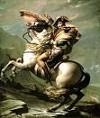

















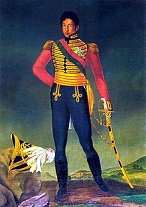
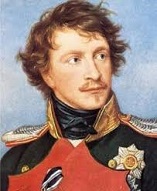

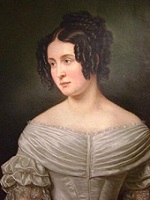















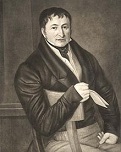






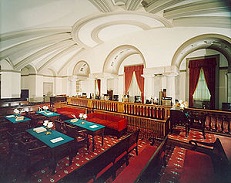
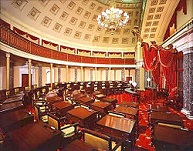
1810 The Third (3rd) U.S. Census reports the total pop. as 7,239,881 in a land area of 1,681,828 sq. mi. (4.3 per sq. mi.); black 1.378M; free black 186K; New York City: 97K; Mich.: 4,762. In 1810 there are 132 breweries in the U.S. (pop. 7M), producing a total of 185K barrels/year (per capita consumption 1 gal./year), with Penn. #1 at 48 (71,273 barrels/year), N.Y. #2 at 42 (66,896 barrels/year), and Mass. (13) at #3 (22,400 barrels/year); breweries are all small-scale. The economic recession deepens in Europe just as Napoleon I reaches his zenith and closes the North Sea to British Trade; German and Dutch banks fail, causing Parisian bankers to call in their loans; the unemployment rate in Paris soars to 40%. In this decade the Spanish empire in America becomes kaput after revolts in Mexico, led by Father Miguel Hidalgo (1751-1811), Venezuela, and New Granada (Colombia, Ecuador, and Panama), led by Simon Bolivar (Simón Bolívar) (1783-1830) and Francisco de Miranda (1756-1816), and Argentina, Chile, and Peru, led by Jose de San Martin (1778-1850) and Jose Miguel Carrera Verdugo (1785-1821). On Jan. 5 the town of Warrenton, Va. in N Va. E of the Blue Ridge Mts. is incorporated, named for Am. Rev. hero Gen. Joseph Warren, with Richard Henry Lee donating land for the county seat; U.S. Chief Justice John Marshall was born in Germantown (modern-day Midland), Va., 10 mi. to the S. On Jan. 14 the Church Court of Paris annuls the marriage between Napoleon I and Josephine, exempting her from the law setting a maximum age for divorce. On Jan. 19-21 the French army forces the passes of the Sierra Morena and invade Andalusia, Spain. On Jan. 24 Seville revolts against the Junta Supreme Central, and on Jan. 29 a regency council is installed in Cadiz. On Jan. 28 the British invade French-held Guadeloupe Island in the Caribbean Sea, and capture it on Feb. 6. On Jan. 31 70K French troops under marshal Nicolas Jean de Dieu Soult (1769-1851) capture Seville, Spain, after which they siege Cadiz in S Spain on Feb. 5 (until Aug. 24, 1812), which is defended by only 2K Spanish troops, who are later reinforced by 10K Spanish, British, and Portuguese troops. On Feb. 8 Napoleon I creates six military govts. in N Spain, stripping his bro' Joseph Bonaparte of much of his authority - mom liked me best? On Feb. 20 Austrian Tyrolean freedom fighter Andreas Hofer (b. 1767) is executed in Mantua. On Mar. 16 the U.S. Supreme (Marshall) Court rules 4-1 in Fletcher v. Peck to overturn the recission by the Ga. legislature of the Yazoo Land Fraud grant, upholding the law of property and contracts from legislative interference, a nd resulting in corporations being shielded from state regulations for the rest of the cent., becoming the first time the U.S. Supreme Court rules a state law unconstitutional, hinting that Native Ams. don't told title to their own lands; in 1814 Congress awards the lucky speculators $4.2M; meanwhile British-born neoclassical architect Benjamin Henry Boneval Latrobe (1764-1820) builds a 2nd U.S. Senate chamber on top of the first, allowing the U.S. Supreme Court to move into the lower half of the 1st chamber in the North Wing of the U.S. Capitol, called the Old Supreme Court Chamber until 1812-9, when it vacates Washington, D.C. because of the British invasion, then returns until 1860, when it moves to the Old Senate Chamber (until 1935); Latrobe goes on to become U.S. Capitol architect #2 in 1815-17, and design the White House porticos. On Mar. 21 the French siege Astorga, Spain, and capture it on Apr. 22. On Mar. 22 the British siege French-held Santa Maura (Levkas), and capture it on Apr. 16. Napoleon I plays the U.S. off against Britain, not knowing what's going to happen in Mother Russia next year? On Mar. 23 Napoleon I issues the Decree of Rambouillet (retroactive to May 20, 1809), treating all U.S. ships as smugglers, causing the U.S. to back down some, replacing the 1809 Nonintercourse Act on May 1 with Macon's Bill No. 2 (Bill No. 1, which attacked British shipping being defeated), reported by Dem.-Repub. House Speaker #6 (1801-7) Nathaniel Macon (1758-1837) of N.C. (a lifelong foe of a strong federal govt., who chairs the foreign relations committee and is not the author and opposes them but gets the credit as chmn.), which forbids British and French warships from entering U.S. waters, and promises Britain and France that if either quits interdicting U.S. trade, the U.S. will reimpose sanctions against the other; this doesn't stop rumors of a U.S. war against France from circulating in Paris in July, causing the U.S. ambassador in France gen. John Armstrong Jr. (1758-1843) to receive on Aug. 4 the Cadore Letter, a note from French foreign affairs minister (since 1807) Jean Baptiste de Nompere (Nompère) de Champagny, 1st Duc de Cadore (1756-1834) (written by Napoleon) promising to revoke the Berlin and Milan decrees if the U.S. resumes its non-intercourse policy with Britain or if Britain revokes its orders in council, with Nappy uttering the soundbyte "American cannon will talk" if England doesn't give in; despite the U.S. repealing its 1809 Non-Intercourse Act, however, France continues to seize U.S. ships and goods, and on Aug. 5 Napoleon ups the ante, issuing the Trianon Tariff on 21 colonial items (cotton, sugar, coffee, spices et al.), with duty increases of 6x on raw sugar and 15x on raw cotton, keeping the blockade going by economic means; to rub it in, on Oct. 18 the Decree of Fontainebleau imposes harsh new penalties for smugglers, incl. 10-year sentences, branding for offenders, and confiscation and public burning of seized goods, plus sale of seized ships, causing U.S. pres. James Madison (who only wanted France to revoke its restrictions?) to reinstate U.S. restrictions on Britain late in the year, while "War Hawks" Henry Clay and John Caldwell Calhoun press him for war with Britain. On Mar. 29 the French finally occupy Oveido, Spain after being thwarted by guerrillas. Are you having any fun, whatcha gettin' out of living? On Apr. 1 after Austrian foreign minister Prince Klemens von Metternich arranges it in order to forestall Russian plans to marry him to a Russian grand duchess, Emperor Napoleon I (b. 1769) marries Austrian Hapbsburg archduchess Marie Louise (1791-1847), daughter of Emperor Francis (Franz) I of Austria in Paris, and annexes German lands in Hanover, Bremen, Hamburg, Lauenberg and Lubeck, humiliating Austrian emperor Alexander I and his Hapsburg aristocracy, but saving Austria from being sandwiched in a 2-front war with France and Russia via a detente with France; too bad, after failing to talk Pius VII to help him, Metternich fails to use the new detente to get Nappy to annul the terms of the humiliating 1809 Treaty of Schonbrunn, and Nappy only throws him a bone by removing the limitation on Austrian armaments and issuing a lame apology for executing Andreas Hofer, but won't budge on restoring Austrian access to the Adriatic or allow them to exchange the Illyrian provinces for Galicia to get the pesky Russians out of the Danube; by now Nappy Lion has reached the height of his grate powah, having conquered 720K sq. mi., and his empire now incl. France, Belgium, Holland, Germany, Poland, Switzerland, and Spain; having a little breathing room, he gets busy and his wife bears a son next Mar. 20. On Apr. 13 the French siege Lerida, Spain, and capture it on May 14. On Apr. 15 the French defeat the Spanish at the Battle of Zalamea. On Apr. 19 a coup in Venezuela achieves de facto independence from Spain, establishing the Supreme Junta of Caracas and deposing Capt. Gen. Vincente Emparan and his colonial administrators, launching the Venezuelan War of Independence (ends 1823); in early June Caracas, Venezuela-born Gen. Simon Bolivar (Simón Bolívar) (Simón José Antonio de la Santísima Trinidad Bolívar Palacios Ponte y Blanco) (1783-1830) and Caracas, Venezuela-born big brain Andres de Jesus Maria y Jose Bello Lopez (1781-1865) (#1 intellectual figure of 19th cent. Latin Am.) travel to England to seek recognition and aid, landing in Portsmouth, England in July, and talking Francisco de Miranda (Sebastian Francisco de Miranda y Rodríguez de Espinoza) (1750-1816) ("the first Universal Venezuelan") ("the Great Universal American") into returning; meawhile Simon Bolivar's brother Vicente Bolivar Palacias et al. visit the U.S. and obtain token support. On Apr. 22 the Battle of Margalef is a V for the French over a Spanish army attempting to relieve Lerida. On Apr. 26 42K French troops under Marshal Michel Ney siege 5.5K men under Marshal Don Andres Perz de Herrasti in Ciudad Rodrigo, Spain, and capture it on July 9. On May 3 Lord Byron and Lt. Ekenhead of HMS Salsette swim the Hellespont, which Byron later commemorates in canto 2 of Don Juan. On May 15 16K French troops under Gen. Louis Gabriel Suchet siege a 1K-man garrison under Col. Carbon in Mequinenza, Spain in Aragon at the confluence of the Ebro and Segre Rivers 130 mi. W of Barcelona, and capture it on June 8 - your torilla soup smells so good and I do have a sick kid at home? On June 23-24 the First Battle of Shumla (Sumen) is a V for the Turks against the Russians. In June flooding kills large portions of the mulberry leaf crop in France, hurting the silk industry. On July 1 after some of his demands are resisted, Napoleon sends troops to Holland and annexes it to France, suppressing Dutch commerce with Britain and the Americas, causing his brother Louis Bonaparte to resign as king (since 1806) of Holland on July 2 in protest and flee to Bohemia, eventually settling in Rome under the title Comte de Saint-Leu, devoting himself to clit, er, lit.; the annexation is official on July 13 - do you think I'm fool enough to stand there with a fiddle in my hand while the oboe plays the only part? On July 7 the Brits invade French-held Reunion Island, and the garrison surrenders on July 10. On July 20 Colombia declares independence from Spain. On July 21 after Nice, Italy-born French marshal Andre (Andrea) Massena (1758-1817), "the dear child of Victory" (greatest gen. in France after Napoleon) is transferred to Spain (taking his mistress with him dressed as a dragoon), and takes over the 65K-man French army, he invades Portugal - another sock hop? On July 23 the Battle of Kargali Dere between the Russians and Turks is a push. On July 24 the French drive the British rearguard over the Coa River near Almeida, Portugal. On Aug. 8 the Second Battle of Shumla (Sumen) is a revenge V for the Russians over the Turks, after which they capture the fortresses of Rustchuck (Ruse), Nicopolis, and Giurgevo. On Aug. 11 the Battle of Villagarcia is another French V over the Spanish. On Aug. 20-27 the naval Battle of Grand-Port (Ile de la Passe) in Mauritius (Mahebourg) sees a British fleet of four frigates under Capt. Sir Samuel Pym (1778-1855) try to ambush an anchored French fleet of three frigates and two captured Indiamen under Commodore Guy-Victor Duperre (Duperré) (1775-1846) and get their butts kicked, after which Pym is taken POW along with the whole garrison of Ile de la Passe, becoming the first and only D of a British squadron by Napoleonic France; in Dec. the Brits under adm. Sir Albemarle Bertie, 1st Baronet (1755-1824) recapture Ile de la Passe and release Pym, who is court-martialled and later found innocent of being a ninny, going on to be promoted go full adm. in 1851. On Aug. 27 the French under marshal Andre Massena capture the Portuguese fortress of Almeida. On Sept. 13 a plot in Queretaro (Querétaro) (160 mi. NW of Mexico City) by Josepha (Josefa) Ortiz de Dominguez (1768-1829) (AKA La Corregidora) (wife of the corregidor or magistrate of Queretaro) for Mexican independence starting on Dec. 8 is discovered by the Spanish govt., and after they lock her in her room so they can capture the other plotters, she makes a loud noise with her heels to cover the sounds of fellow plotter Don Ignacio Perez as he takes off to ride to San Miguel de Allende to warn the others, launching the revolt early; on Sept. 16 (Mexican Independence Day) (early morning) Roman Catholic Father Miguel Hidalgo y Costilla (1753-1811), priest since 1779 of Dolores parish in Guanajuato 170 mi. NW of Mexico City, who the year before joined a patriotic society allegedly devoted to Mexican loyalty to the Spanish crown but really the opposite delivers his Grito de Dolores (Cry of Dolores), beginning the multi-ethnic Mexican Revolt (War of Independence) from Spain (ends Sept. 27, 1821), leading hundreds of parishioners in a successful attack on the local prison to free prisoners while carrying a banner of Our Lady of Guadalupe, patron saint of Mexico; he then forms an army of 80K and captures Guanajuato and Guadalajara, then marches on Mexico City, winning the first battle, then bogging down after being excommunicated and seeing his troops split, causing him to retreat. On Sept. 14 the Spanish under Henry O'Donnell supported by a British naval squadron under Francis William Fane win a small V at the Battle of La Bisbal. On Sept. 17-18 the French unsuccessfully attempt to invade Sicily. On Sept. 18 the Chilean War of Independence from Spain begins (ends 1821/1826); on Nov. 16 gen. Jose Miguel Carrera Verdugo (1785-1821) becomes pres. #1 of the first Chilean governing council (until Oct. 2, 1814; on July 4, 1812 the Chilean Flag starts out blue-white-yellow, switches on May 26, 1817 to blue-white-red, then settles on Oct. 18, 1817 with white-red with a blue square in the upper left with a white star in it. On Sept. 19 a UFO is sighted over the River Meuse near Brezeau (?), according to the London Times of Oct. 29. On Sept. 24 the Spanish Cortes convenes in Cadiz. On Sept. 25 the 90%-Muslim city of Bandung (Bandoeng) in W Java, Indonesia (founded in 1488) is consolidate (modern-day pop. 2.5M/8.5M). On Sept. 26 after capturing Fort San Carlos in Baton Rouge, La., an uprising of white Yankees against Spanish rule in Fla. results in the proclamation of the Repub. of West Florida, the first lone star repub.; on Oct. 27 Pres. Madison orders its annexation into the Lousiana Territory, after which the U.S. army takes St. Francisville on Dec. 6, and Baton Route on Dec. 10, ending the upstart repub. There's a place called Hidden Valley? Keep Santa smiling and waving? On Sept. 27 after French marshal Andre Massena chases the outnumbered British-Portuguese army (25K of each) led by Sir Arthur Wellesley (1769-1852) (later 1st Duke of Wellington) towards Portugal, he is unexpectedly defeated at the Battle of Bussaco (4.5K French vs. 1.25K Anglo-Portuguese casualties) after the Connaught Rangers (Devil's Own) (founded 1793) save the day; after the French regroup, they chase the Brits to a few mi. from Lisbon, where they hide behind the secretly-built (since Nov. 1809) Lines of Torres Vedras (built to defend Lisbon), and the French reach their zenith in Portugal; too bad, they can't breach the lines, and the onset of winter causes them to begin starving. In Sept. Russia devalues its currency. On Oct. 15 the Battle of Fuengirola on the Costa del Sol in Andalusia, S Spain sees a 300-man garrison from the 4th Regiment of the Duchy of Warsaw holed-up in the medieval Moorish fortress of Sohail hold off a 4.5K-man Spanish-British force of the famous British 89th (Princess Victoria's) Regiment of Foot under lt. gen. Andrew Thomas Blayney, 11th Baron Blayney (1770-1834) of County Monaghan in Ireland, cmdr. of the 85th Foot Regiment AKA Blayney's Bloodhounds, who is captured, causing Napoleon to award several of the Polish officers the French Legion of Honor. On Oct. 26 the Battle of Vidin sees the Russians under gen. Count Nikolai Mikhailovich Kamensky (1776-1811) defeat 40K Ottomans under Osman Pasha, with 1.5K Russians vs. 10K Ottomans KIA. In Oct. the 2-week beer-guzzling crowd-pleasing Oktoberfest is invented by Munich brewers as a celebration of the Oct. 12 wedding of young prince (king in 1825-48) Ludwig I of Bavaria (1786-1868) to Therese Charlotte Luise of Saxe-Hildburghausen (1792-1854); Ludwig I goes on to become a patron of the arts, turning Munich into the "Athens on the Isar River". On Nov. 4 the French defeat the Spanish at the Battle of Baza. On Nov. 24 after being enticed into signing an agreement, South African-born 4'10" Sara(h) "Sartje" Baartman (1789-1815) is exhibited in London as the "Hottentot Venus", with white men and women closely ogling her gigantic buttocks while pretending to scientifically study her; in Sept. 14 she is sold to animal trainer S. Reaux in Paris, France, who exhibits her for 15 mo. at the Palais Royal; on Dec. 29, 1815 she dies, and her body cast and skeleton are put on display until 1974-6, after which a movement gets her remains repatriated to her homeland on May 6, 2002. On Nov. 29 the British invade Martinique, capturing the French garrison on Dec. 3. In Nov. English king George III's madness increasingly incapacitates him, and he ceases to reign; by next year he goes irrevocably mad, roaming the palace in a purple dressing gown, blind and deaf, with wild Lear-like white hair and beard, playing to himself on his harpsichord and talking to himself continually of people long since dead; meanwhile his ninny sons, "the damnest millstones about the neck of any government that can be imagined" (Duke of Wellington) wait in the wings? Britain seizes the French colonies at Guadeloupe (last French colony in West Indies), Ile de Bourbon, Java, and Ile de France (Mauritius) (500 mi. E of Madagascar); meanwhile King (since 1787) Andrianampoinimerina of Imerina (b. 1745) dies, and his son Radama I (the Great) (1793-1828) becomes king #1 of Malagasy-run Madagascar (until July 27, 1828) (capital Antananarivo) (the C plateau of the island) (known for introducing the spade in rice fields, then declaring "the sea is the boundary of my rice field), then playing the new big boy British and old beaten dog French off against each other, signing a treaty with the Brits in 1817 which gives him support in exchange for ending the slave trade, then going on to conquer the island, modernize it, devise a written form of the Malagasy language, invite British Protestant missionaries in, and marry 12 Great Wives, one of whom, bad news Ranavalona he adopts as his sister. On Dec. 16 the French under marshal Louis Gabriel Suchet, 1st Duke of Albufera (1770-1826) siege Tortosa, Spain. After Napoleon conquers Spain, Argentina sets up its own govt. in the name of the Spanish king under the name United Provinces of the Rio de la Plata, with capital at Buenos Aires. The Partido Liberale is formed in Spain to push parliamentarian govt., coining the term "liberal". The Wahhabis under Muhamman ibn Sa'ud desecrate the Grave of Prophet Muhammad in Medina and plunder its treasures, then cut the Qaabah in Mecca to pieces; their fanaticism later causes them to reject seatbelts? A French penal code requires all beggars to be put in poorhouses. France reestablishes its govt. monopoly on tobacco. Miners in Durham, England go on strike. The Pacific Fur Co. of America's first millionaire John Jacob Astor (1763-1848) finances the Astor Expedition (ends 1812) overland to the W from St. Louis, founding Ft. Astoria next Apr. on the Columbia River as a fur trading post, becoming the first white settlement in Ore.; in Nov. 1812 expedition member Robert Stuart discovers the 20-mi.-wide South Pass through the Rocky Mountains, becoming the basis of the Oregon Trail; too bad, the British capture Astor's trading posts during the War of 1812, renaming Ft. Astoria to Ft. George and shutting his fur biz down. U.S. military man Zachary Taylor (b. 1784) (since 1808) marries Margaret Mackall Smith (1788-1852); they have 1 son and 5 daughters. Tristan da Cunha, discovered in 1506 is first settled by a group of Americans, who name it the Isle of Refreshment. Goats are introduced to St. Helena Island, going on to eventually eliminate 22 of the 33 endemic plants. U.S. Sen. Henry Clay gets a bill passed requiring the U.S. Navy to purchase U.S. hemp products rather than imported ones, thus establishing hemp as the foremost cash crop of Kentucky until the Civil War. Count Johann Philipp von Stadion (1763-1824) introduces reforms in Austria, while Archduke Charles reorganizes the army. The summer resort city of Bournemouth in Hampshire, England on Poole Bay (110 mi. SW of London) is founded, complete with a 6-mi. beach. The first Chinese tea plants are introduced in Taiwan. The Romantic Era in Western Music begins (ends 1910). Sir Henry Rowley Bishop (1786-1855) becomes music dir. at the Covent Garden Theater in London (until 1824). Hey baby, how'd you like to have a little fun? 15-y.-o. Diego de la Vega is sent to live in Barcelona, Spain to receive a European education, and meets his girlfriend Juliana de Romeu while learning to fence from master Manuel Escalante, later joining the La Justicia movement and developing his masked alter-ego of Zorro, named after his spirit guide, a fox. :) Romantic but lame Lord Byron (1788-1824) swims the Dardanelles in honor of Leander and Hero - but my hero ain't a she? Vienna-born choir boy Franz Peter Schubert (1797-1828) composes the first of 700 lieder (songs). German painter Johann Friedrich Overbeck (1789-1869) moves to Rome, gets religion, and founds the anti-academic society of Pre-Raphaelite German Roman Catholic painters known as the Nazarene Brotherhood (Nazarenes), incl. Julius Schnorr von Carolsfeld (1794-1872), who live in an abandoned monastery in Rome, living like monks, studying early Christian art and producing frescoes for Casa Bartholdi (in Rome), Villa Massini et al. (until 1830). The Cumberland Presbytery of Ky. is excluded from the Presbyterian Church for opposing admission into the ministry of men who have not received enough classical theological training; by the 1960s they have 80K members - no likee bourbon as holy water? Joseph Diaz Gergonne (1771-1859) founds Annales de Mathematiques (Gergonne) (until 1832). The Agricultural Museum the first regular farm periodical in the U.S. begins pub. on July 4 in Georgetown, Washington, D.C. The first public billiard rooms in England are opened at the Piazza in Covent Garden, London. The Hartford Fire Insurance Co. in Conn. is founded. In this decade fur hats become fashionable in Europe, starting with the Wellington in 1812, the Paris Beau in 1815, the D'Orsay in 1820, the Regent in 1825, and culminating in the fur army hat in 1837. Sports: In Oct. the first official thoroughbred horse race in Australia is held at Hyde Park in Sydney. Inventions: German-born London printer Rudolph Ackermann (1764-1834) invents the Ackermann Steering Geometry for horse-drawn carriages to solve the problem of wheels on the inside and outside of turns needing to trace out circles of different radii. Nicolas Francois Appert (1749-1841) invents techniques for canning food in sealed boiled glass jars, and wins an award from the French govt. - Spam is just around the corner? Abraham Louis Breguet (1747-1823) of France makes the first wristwatch for Queen Caroline Murat of Naples, sister of Napoleon I. Peter Durance of England patents the use of metal containers for food canning. German inventor (in London) Friedrich Gottlob Koenig (1774-1833) patents a high-speed steam-powered printing press that prints on both sides of the paper; on Nov. 29, 184 the London Times begins to be printed on Koenig's steam-operated press, increasing the speed of printing by 5x. The first patent for artificially-carbonated mineral waters is issued in the U.S. Science: Augustin Jean Fresnel discovers the ammonia-soda reaction. French chemist Pierre-Jean Robiquet (1780-1840) determines the chemical structure of cantharidin. Nonfiction: Robert Brown (1773-1858), Prodromus Florae Novae Hollandiae et Insulae Van Diemen; first systematic account of Australian flora. Lazare Carnot (1753-1823), De la Defense des Places Fortes. Francois-Rene de Chateaubriand (1768-1848), Journey from Paris to Jerusalem and Back; bestseller describing Arabs as "civilised man fallen again into a savage state", who "have the air of soldiers without a leader, citizens without legislators, and a family without a father", while Islam preaches "neither hatred of tyranny or love of liberty" and the Quran has "neither a principle for civilization nor a mandate that can elevate character". Gall and Spurzheim, Anatomie et Physiologie du Systeme Nerveux. Samuel Christian Friedrich Hahnemann (1755-1843), Organon of Therapeutics; the quack medical science of homeopathy, which he began developing in 1792, which starts out with the common sense observation that a lot of medicines make you sick, then goes off the deep end with the idea that some of them can still work if they are diluted to nothing first, but not those medicines, his medicines; "That which can produce a set of symptoms in a healthy individual, can treat a sick individual who is manifesting a similar set of symptoms". Friedrich Ludwig Jahn (1778-1852), Deutsches Volksthum. Karl Christian Friedrich Krause, System der Sittenlehre. Joseph de Maistre (1754-1821), Essay on the Generation of Political Constitutions (Essai sur le Principe Generateur des Constitutions Politiques). Zebulon Montgomery Pike (1779-1813), Exploratory Travels Through the Western Territories of North America (1805-7); first description of the trans-Mississippi West available to easterners. Robert Southey (1874-1943), History of Brazil (3 vols.) (1810-19). Madame de Stael (1766-1817), De l'Allemagne (On Germany); praises German culture so much that Napoleon orders her exiled from France. Isaiah Thomas (1749-1831), The History of Printing in America, with a Biography of Printers, and an Account of Newspapers (2 vols.) (Aug. 14) (Worcester, Mass.); becomes a std. work; 2nd ed. 1874. George White (1764-), A Brief Account of the Life, Experience, Travels and Gospel Labours of George White, an African; first African-Am. to write the story of his own enslavement? William Wordsworth (1770-1850), A Description of the Scenery of the Lakes in the North of England; enlarged ed. pub. 1822. Music: Ludwig van Beethoven (1770-1827), Bagatelle No. 25 in A minor ("Für Elise"); not pub. until 1867; becomes one of his most popular piano compositions; Music to Goethe's "Egmont", Op. 84 (June 15) (Vienna); for Goethe's 1787 play about Lamoral, Count of Egmont (1522-68). R.H. Cromek and Allan Cunningham (1784-1842), Remains of Nithsdale and Galloway Song; modern popular songs by cunning linguist Cunningham palmed-off as ancient Scottish ballads. Alessandro Manzoni (1785-1873), Inni Sacri (Sacred Hymns); Catholic religious lyrics. Gioacchino Rossini (1792-1868), La Cenerentola (Cinderella) (opera); La Cambiale di Matrimonio (opera) (Venice); Rossini has the corner on the opera market in Italy by now, and excuses his baldness by saying that every composer gets it by age 30? Franz Schubert (1797-1828), Der Vatermorder; Hagars Klage. Art: Johann Heinrich von Dannecker (1758-1841), Ariadne on the Panther (sculpture). Theodore Gericault (1791-1824), Fighting Horses. Francisco de Goya (1746-1828), Disasters of War (Los Desastres de la Guerra) (80 etchings) (1810-20); the Peninsular Wars between French and Spanish (1808-14); 1-47 tell of the guerrilla war; 48-65 are about the 1811-12 Madrid famine; 66-80 are the "Caprichos Enfaticos" (emphatic caprices), spoofing the peace that follows; both French and Spanish are portrayed as aggressors; so honest and brutal that he chooses not to have them printed in Ferdinand VII's Spain, and they aren't printed until 1863 for fear of govt. reprisals. Baron Antoine-Jean Gros (1771-1835), Madrid; Napoleon at the Pyramids. Plays: Friedrich de la Motte Fouque (1777-1834), Der Held des Nordens. Zacharias Werner, Der Vierundzwangzigste Februar (the 24th of February (1-act play). Poetry: Willem Bilderdijk (1756-1831), De Ondergang der Eerste Wereld; Afscheid. George Crabbe (1754-1832), The Borough. James Hogg (1770-1835), Forest Minstrel. Thomas Love Peacock (1785-1866), The Genius of the Thames. Percy Bysshe Shelley (1792-1822), Zastrozzi. Robert Southey (1774-1843), The Curse of Kehama; his masterpiece?; an evil priest gains demonic powers and tries to become a god, until his son is killed by Ladurlad after trying to rape peasant girl Kailyal, causing him to curse Ladurlad, which only gives him superhuman strength, which he uses to work with Yamen, god of death and other Hindu gods to defeat him. Novels: Jane Porter (1776-1850), The Scottish Chiefs; about Sir William Wallace (1272-1305); banned by Napoleon. Sir Walter Scott (1771-1832), The Lady of the Lake (Romantic verse novel); AKA Fairy Vivienne, Vivien, or Nemue, who abducted infant Lancelot and kept him on an island. Births: Am. artist Alfred Jacob Miller (d. 1874) on Jan. 2 in Baltimore, Md.; likes to paint scenes in the NW U.S. German Lutheran missionary (in East Africa) Johann Ludwig Krapf (d. 1881) on Jan. 11 in Tubingen; educated at the U. of Tubingen. Sicilian Bourbon king #4 (1830-59) Ferdinand II (d. 1859) on Jan. 12 in Palermo; son of Francis I (1777-1830) and Maria Isabella of Spain (1789-1848); father of Francis II (1836-94). Am. inventor Joseph Rogers Brown (d. 1876) on Jan. 26 in Warren, R.I. German mathematician Ernst Eduard Kummer (d. 1893) on Jan. 29. French chef (in England) (first celebrity chef?) Alexis Benoist Soyer (d. 1858) on Feb. 4 in Meaux-en-Brie; emigrates to England in 1830; husband (1837-) of Elizabeth Emma Soyer Jones (1813-42). Scottish Sanskrit scholar John Muir (d. 1882) on Feb. 5 in Glasgow; brother of William Muir (1819-1905). French "Transcendental Magic" writer-magician (not Jewish) Eliphas Levi (Alphonse Louise Constant) (d. 1875) on Feb. 8 in Paris; husband of Marie-Noemi Cadiot (1832-88). French biologist Jean Louis Armand de Quatrefages de Breau (Bréau) (d. 1892) on Feb. 10 in Berhezene, Valleraugue (Gard); educated at the U. of Strasbourg. French #1 "History of France" historian Bon Louis Henri Martin (d. 1883) on Feb. 20 in Saint-Quentin, Aisne. Polish Romantic composer-pianist ("the Poet of the Piano") Frederic Francois (Fryderyk Franciszek) Chopin (d. 1849) on Mar. 1 (Feb. 22?) in Zelazowa Wola (near Warsaw); French father, Polish mother; child prodigy pianist; moves to France in 1831 and becomes French citizen, although he remains a Polish patriot; only grows sideburns on the side facing the audience; has affair with George Sand (1804-76) in 1837-47. Italian pope #256 (1878-1903) ("Pope of the Working Man") ("The Social Pope") Leo XIII (Vincenzo Gioacchino Raffaele Luigi Pecci) (d. 1903) on Mar. 2 in Carpieto Romano (near Rome). Irish poet-artist-lawyer Sir Samuel Ferguson (d. 1886) on Mar. 10 in Belfast; educated at Trinity College, Dublin. Am. Roman Catholic archbishop of New York City (1864-) John Cardinal McCloskey (d. 1885) on Mar. 10 in Brooklyn, N.Y.; educated at Mount St. Mary's College. French historian Comte Charles Forbes Rene de Montalembert (d. 1870) on Mar. 18 in London; founder with Abbe Felicte de Lamennais of the liberal French Roman Catholic movement. German Young Germany satirist-humorist (Protestant) Adolf Glassbrenner (d. 1876) on Mar. 27 in Berlin; husband (1840-) of Adele Peroni (1813-95). English "Omphalos" naturalist (aquarium pioneer) Philip Henry Gosse (d. 1888) on Apr. 6 in Worcester; father of Edmund William Gosse (1849-1928). Am. Repub. legislator Justin Smith Morrill (d. 1898) on Apr. 14 in Strafford, Orange County, Vt. Austrian brewer ("the King of Brewers") Anton Dreher (d. 1863) on May 7 in Schwechat (near Vienna). Am. "Woman in the Nineteenth Century", "The Dial" Transcendentalist feminist journalist-writer-ed. (abolitionist) (most important woman of the 19th cent.?) Sarah Margaret Fuller, Marchioness Ossoli (d. 1850) on May 23 in Cambridgeport, Mass.; daughter of Margaret Crane and 4-term Repub. U.S. rep. Timothy Fuller; first full-time female book reviewer in the U.S.; first woman allowed to use the Harvard College library; first female correspondent for the New York Tribune; inspires the 1848 Seneca Falls Convention. German Jewish reform rabbi-theologian Abraham Geiger (d. 1874) on May 24 in Frankfurt-am-Main. Am. Salt Lake Tabernacle architect (official architect of the Church of Jesus Christ of Latter-Day Saints) Truman Osborn Angell (d. 1887) on June 5 in Providence, R.I.; brother-in-law of Brigham Young. German Romantic composer Robert Alexander Schumann (d. 1856) on June 8 in Zwickau (East Germany); husband (1840-) of Clara Schumann (1819-96). German "Die Lustigen Weiber von Windsor" composer (founder of the Vienna Philharmonic) Carl Otto Ehrenfried Nicolai (d. 1849) on June 9 in Konigsberg, Prussia. U.S. Sen. (D-Fla.) (1845-51, 1851-61) (Jewish) (first Jewish U.S. Sen.) David Levy Yulee (d. 1886) on June 12 in Charlotte Amalie, St. Thomas, Virgin Islands; son of Moroccan Sephardic lumberman Moses Elias Levy (1st cousin of Philip Benjamin, father of Judah P. Benjamin) and a Sephardic mother. U.S. Supreme Court justice #42 (1872-82) Ward Hunt (d. 1886) on June 14 in Utica, N.Y.; educated at Union College. German Young Germany poet-activist Ferdinand Freiligrath (d. 1876) on June 17 in Detmold, Lippe. Austrian ballerina Fanny Elssler (d. 1884) on June 23 in Vienna. Am. showman-huckster-circus promoter (teetotaler) ("patron saint of promoters" - Life mag.) P.T. (Phineas Taylor) Barnum (d. 1891) on July 5 in Bethel, Conn. English "Proverbial Philosophy" writer-poet Martin Farquhar Tupper (d. 1889) on July 17 in London; educated at Christ Church, Oxford U. Russian artist Ivan Konstantinovich Aivazovsky (d. 1900) on July 29 in Feodosiya, Crimea; Armenian parents named Aivazian; known for his seascapes. Italian PM #1 (1861) ("architect of a unified Italy") Camillo (Camille) Paolo Filippo Giulio Benso, Count of Cavour, Isolabella and Leri (d. 1861) on Aug. 10 in Turin; of the House of Savoy. English psychiatrist Forbes Benignus Winslow (d. 1874) on Aug. 10 in Pentonville; 9th son of Thomas Winslow (172-1815) (descendant of Edward Winslow of Mayflower fame) and Mary Forbes (1774-1854); educated at Univ. College London, and U. of Aberdeen; husband (1841-) of Susannah Holt (1811-83); father of Rev. Forbes Edward Winslow, Lyttleton Stewart Forbes Winslow (1844-1913), Susanna Frances Winslow, and Constance Winslow (1850-1925). Am. Unitarian Transcendentalist Unitarian clergyman-reformer-abolitionist Theodore Parker (d. 1860) on Aug. 24 in Lexington, Mass.; educated at Harvard U; coiner of the phrase "Of all the people, by all the people, for all the people" (1850). German (Prussian) economist Hermann Heinrich Gossen (d. 1858) on Sept. 7 in Duren. French poet-novelist Louise Colet (nee Revoil) (d. 1876) on Sept. 15 in Aix; mistress and close confidante of several famous French men of letters incl. Alfred de Musset and Gustave Flaubert. English Conservative statesman Sidney Herbert, 1st Baron Herbert of Lea (d. 1861) on Sept. 16; friend of Florence Nightingale. Canadian steamship line magnate Sir Hugh Allan (d. 1882) on Sept. 29 in Salcoats, Scotland; father of Sir Montagu Allan (1860-1951) ; emigrates to Canada in 1831; knighted in 1871. English novelist Elizabeth Cleghorn Gaskell (nee Stevenson) (d. 1865) on Sept. 29 in Chelsea, London; educated at Stratford-upon-Avon; friend of Charles Dickens (1812-70). U.S. First Lady #22 (1865-9) Eliza McCardle Johnson (d. 1876) on Oct. 4 in Greeneville, Tenn.; wife (1827-) of pres. Andrew Johnson; youngest First Lady to marry (16) (until ?). Am. antislavery leader (Repub. Party co-founder) ("the Lion of White Hall) Cassius "Cash" Marcellus Clay (d. 1903) on Oct. 19 in Madison County, Ky.; son of Indian fighter Gen. Green Clay (1757-1828); 2nd cousin of Henry Clay (1777-1852); namesake of boxer Muhammad Ali; educated at Transylvania U., and Yale U. Persian Qajar shah #3 (1834-48) Mohammad Shah Qajar (d. 1848) on Oct. 23 in Tabriz; son of Abbas Mirza (1789-1833); father of Nasser ed-Din (1831-96). U.S. Repub. atty. gen. #35 (1876-7) and war secy. #31 (1876) Alphonso Taft (d. 1891) on Nov. 5 in Townshend, Vt.; father of Charles Phelps Taft (1843-1929) and U.S. pres. William Howard Taft (1857-1930); educated at Yale U (co-founder of Skull & Bones). Hungarian "Himnusz" composer ("Father of Hungarian Grand Opera") Ferenc (Franz) Erkel (d. 1893) on Nov. 7 in Gyula; composes the first opera with a Hungarian text, "Bathory Maria". German Plattdeutsch (Low German) novelist-poet Fritz Reuter (d. 1874) on Nov. 7 in Stavenhagen, Mecklenburg-Schwerin; educated at the U. of Rostock, and U. of Jena. French marshal (1856-) Pierre Jean Francois Bosquet (d. 1861) on Nov. 8 in Monte-de-Marsan, Landes. Am. iron manufacturer (builder of the USS Monitor) John Flack Winslow (d. 1892) on Nov. 10 in Bennington, Vt.; descendent of Kenelm Winslow, brother of Edward Winslow of Mayflower fame; pres. #5 of Rensselaer Polytechnic Inst. Czech "Maj" Romantic poet Karel Hynek Macha (d. 1836) on Nov. 16 in Prague. Am. #1 botanist Asa Gray (d. 1888) on Nov. 18 in Sauquoit (near Paris), N.Y.; curator of the New York Lyceum of Nat. History (1835-); prof. of natural history at Harvard U. (1842-); early supporter of Darwinian evolution. Mexican gen. Andres (Andrés) Pico (d. 1876) on Nov. 18 in San Diego, Calif.; brother of Pio Pico (1801-94). U.S. Civil War Union gen. Johann August Ernst von Willich (d. 1878) on Nov. 19 in Braunsberg, East Prussia; starts out promoting Marxism in Germany before moving to London in 1849, and the U.S. in 1852. English industrialist (armaments manufacturer) (inventor of modern artillery) Sir William George Armstrong, 1st Baron Armstrong (d. 1900) on Nov. 26 in Newcastle upon Tyne; knighted in 1859. English Froude Number naval engineer William Froude (d. 1879) on Nov. 28 in Devon; brother of Richard Hurrell Froude (1803-36) and James Anthony Froude (1818-94); educated at Westminster School, and Oriel College, Oxford U. Am. Winchester Repeating Rifle gunmaker Oliver Fisher Winchester (d. 1880) on Nov. 30 in Boston, Mass.; son of Samuel Winchester and Hannah Bates; father of Ann Rebecca Winchester (1835-64), William Wirt Winchester (1837-81), and Hannah Jane Winchester. Am. businessman (in Hawaii) Amos Starr Cooke (d. 1871) on Dec. 1 in Danbury, Conn. German biologist-physiologist (physiologist-histologist) ("Father of Histology") Theodor Schwann (d. 1882) on Dec. 7 in Neuss; originator of the cell theory in biology; discoverer of the digestive enzyme pepsin in animal stomachs - paints his trucks mustard yellow? French "The Confession of a Child of the Century" poet-dramatist-novelist (alcoholic) Alfred de Musset (Alfred Louis Charles de Musset-Pathay) (d. 1857) on Dec. 11 in Paris. Am. sculptor Clarke Mills (d. 1883) in Onondaga County, N.Y.; known for equestrian statues of Andrew Jackson and George Washington. Am. "Undine Rising from the Waters" sculptor Chauncy Bradley Ives (d. 1894) on Dec. 13 in Hamden, Conn.; moves to Rome in 1851. Norwegian historian Peter Andreas Munch (d. 1863) in Dec. 15 in Christiania (Oslo); educated at the Royal Frederick U.; extols the virtues of Norway before its union with Denmark. Spanish PM (1868-70) Marshal Don Francisco Serrano Dominiguez Cuenca y Perez de Vargas, 1st Duke of la Torre, Grandee of Spain, Count of San Antonio (d. 1885) on Dec. 17 in Isla de Leon. English zoologist Edward Blyth (d. 1873) on Dec. 23 in London. German (Prussian) archeologist (founder of modern Egyptology) Karl (Carl) Richard Lepsius (d. 1884) on Dec. 23 in Naumburg an der Saale, Saxony; educated at the U. of Leipzig, U. of Gottingen, and U. of Berlin; coiner of the term "Book of the Dead" (Totenbuch). French naturalist Francois Louis Nompar de Caumont La Force (Laporte), Comte de Castelnau (d. 1880) on Dec. 25 in London, England. Am. pirate Billy Bowlegs (Bolek) (Sem. "Halpuda Mikko" = Alligator Chief) (d. 1859) in Cuscowilla (Micanopy, Fla.); son of Secoffee; nephew of Micanopy. Am. atty.-tradesman (Presbyerian) John Neely Bryan (d. 1877) on Dec. 24 in Fayetteville, Tenn.; founder of Dallas, Tex. Am. Houston, Tex. co-founder John Kirby Allen (d. 1838) in Canaseraga Village (modern-day Sullivan), N.Y.; brother of Augustus Chapman Allen (1806-64). Am. Northern Cheyenne chief Dull Knife (Morning Star) (d. 1883). Am. Southern Arapaho chief Little Raven (Crow) (Hosa) (Oh-has-tee) (d. 1889) in Neb. Australian architect (in Perth) Richard Roach Jewell (d. 1891) in Barnstaple, Devon, England; emigrates to Australia in 1852. English archeologist-epigraphist-diplomat ("the Father of Assyriology") Sir Henry Creswicke Rawlinson (d. 1895) in Chadlington, Oxfordshire; brother of George Rawlinson (1812-1902). English music publisher Joseph Alfred Novello (d. 1896) in 1810; son of Vincent Novello (1782-1861). Deaths: French transvestive diplomat Chevalier D'Eon (b. 1728) on May 21 in London; mortuary attendants finally confirm that he has a penis. German statesman-educator Franz Friedrich Wilhelm von Furstenberg (b. 1729) on Sept. 16 in Munster. English scientist Henry Cavendish (b. 1731) on Feb. 24 in London. U.S. Supreme Court justice (1789-1810) William Cushing (b. 1732) on Sept. 13 in Scituate, Mass.; last of the original justices. Am. Rev. War gen. Benjamin Lincoln (b. 1733) on May 9 in Hingham, Mass. German painter Johann Zoffany (b. 1733) on Nov. 11 in Strand-on-the-Green. Austrian field marshal Joseph Alvinczi von Borberek (b. 1735) on Sept. 25 in Buda. French painter Jean-Jacques de Boissieu (b. 1736). French pioneer balloonist Joseph Michel Montgolfier (b. 1740). English children's writer Sarah Trimmer (b. 1741) on Dec. 15 in Brentford. Am. Shawnee chief Blue Jacket (b. 1743); in 1877 a story is circulated that he was really a white man named Marmaduke Van Swearingen. English writer Mary Anne Radcliffe (b. 1746). German philosopher-historian Christoph Meiners (b. 1747) on May 1 in Gottingen; becomes a favorite of the Nazis. British adm. Cuthbert Collingwood, 1st Baron Collingwood (b. 1748) on Mar. 7 off Port Mahon (cancer). U.S. pres. #10 (last under the Articles of Confederation) (1788) Cyrus Griffin (b. 1749) on Dec. 14 in Yorktown, Va. French gen. Jacques-Francois de Menou (b. 1750) on Aug. 13 in Mestre, Veneto, Italy. Am. Rev. War. officer William Washington (b. 1752) on Mar. 6. English antiquarian William Cunnington (b. 1754) on Dec. 31 Swedish soldier-diplomat-statesman Count Axel von Fersen the Younger (b. 1755) on June 20 in Stockholm. U.S. Supreme Court justice #12 (1800-04) Alfred Moore (b. 1755) on Oct. 15 in Bladen County, N.C. English painter John Hoppner (b. 1758) on Jan. 23. Tyrolean hero Andreas Hofer (b. 1767) on Feb. 20 in Mantua (executed). Am. "Wieland" novelist Charles Brockden Brown (b. 1771) on Feb. 22. Prussian Queen Louise (b. 1776) ("My beautiful enemy" - Napoleon) on July 17. German chemist Johann Wilhelm Ritter (b. 1776) on Jan. 23 in Munich; killed himself with his experiments? German painter Philipp Otto Runge (b. 1777) on Dec. 2 in Hamburg; leaves the unfinished Die Tageszeiten (The Times of Day), which makes a posth. star. British princess Amelia (b. 1783) on Nov. 2 in Augusta Lodge, Windsor; George III's favorite. Irish horse-whisperer #1 Daniel Sullivan (b. ?); inspires writer William J. Powell (d. 1848).














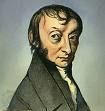










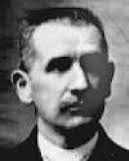



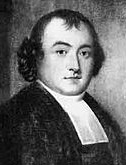








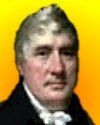



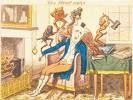

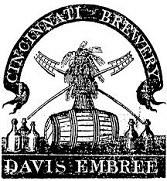
1811 On Jan. 19 Napoleon I decrees the creation of tours (towers), revolving doors at foundling hospitals enabling mothers to leave children in them anonymously, where they are supported by the state until age 12. In Jan. the army of Father Miguel Hidalgo (b. 1753) is routed near Guadalajara by a small Spanish army, causing him to flee to the N, where he is captured on Mar. 21, then taken to Chihuahua, defrocked, excommunicated and shot on July 30, his head publicly displayed until the end of the Mexican War of Independence (1821), after which in 1824 he becomes a nat. saint, and his town of Dolores is renamed Dolores Hidalgo (plus the town of Guadalupe Hidalgo), and Sept. 16 becomes Mexican Independence Day. On Feb. 5 his hereditary porphyria getting worse, Parliament declares George III insane, and his chunky, garrulous, often ridiculous fop son George Augustus Frederick (1762-1830), the prince of Wales (future George IV) is installed as prince regent (until 1820), growing so fat he becomes known as the prince of Whales; Welsh Capt. Rees Howell Gronow (1794-1865) of the elite First Foot Guards, who parties every night and often sees the Bag of Royal Blubber, "singularly imbued with petty pride" and his sometime friend Beau Brummell (1778-1840), begins a Journal (until 1830), detailing the preoccupation with social status, dress, and hedonism that the prince brings to English society, incl. how the Duke of Wellington is ejected from social events for wearing trousers of the wrong color. On Feb. 10 the Russians seize Belgrade from the Ottomans. On Mar. 1 at the request of Ottoman sultan Mahmud II, Macedonian-born Albanian-speaking Egyptian pasha (since May 17, 1805) Mehmet (Mohammed) Ali (1769-1849) destroys the greater part of the rebellious Mamluk Beys when he invites 470 of them to a banquet in honor of his son Tusin at the Citadel in Cairo, then massacres them, sending his troops to rout their forces; the Mamlukes (Mamelukes), who have been powerful in Egypt since 1250 are kaput; Mehmet Ali goes on to modernize and Westernize Egypt, nationalize and steal land from peasants, and set up armament factories and a navy, uttering the soundbyte: "I am well aware that the Ottoman Empire is heading by the day toward destruction... On her ruins I will build a vast kingdom... up to the Euphrates and the Tigris." On Mar. 2 the Junta Suprema de Caracas (formed last Apr.) dissolves itself after calling for a congress of the Venezuelan provinces and setting up a triumvirate; on July 5 (after missing the target date of July 4 to show admiration for the Yanks) the rev. govt. proclaims the First Venezuelan Repub. (ends July 25, 1812), modeled after the U.S. by Simon Bolivar, who visited the U.S. in 1809 and became an enthusiastic admirer, followed by a new constitution on Dec. 21, with Miranda's tricolor as the new flag; meanwhile on Aug. 11 Miranda takes Valencia; too bad, the loss of the Spanish market for cocoa exports causes the economy to tank and the pop. to lose enthusiasm. On Mar. 4 the French begin retreating from Santarem for the Spanish frontier; on Mar. 5 the Cadiz breakout Battle of Barrosa (Chiclana) near Cadiz, Spain is a push after a single British div. defeats two French divs. and captures their regimental eagle, causing them to reoccupy their siege lines. On Mar. 14 after calculating their chances should Napoleon conquer Russia and leave them isolated, the Austrians sign a treaty of alliance with France, agreeing to send 30K men to help him via Galicia; a cagey fox, Metternich secretly informs the Russians that his troops will only be used defensively, and only if Russia forces them. An heir at last? On Mar. 20 Marie Louise Bonaparte bears Napoleon I his only son, Napoleon Francois Joseph Charles Bonaparte (Napoleon II), Duc de Reichstadt, L'Aiglon ("the eagle") (1811-32), who later becomes the king of Rome; famous German astronomer Heinrich Olbers is deputed to assist at his baptism; too bad, the punk doesn't live long enough to fulfill all his daddy's aspirations; meanwhile French poet Casimir Delavigne (1793-1843) composes the poem Dithyrambe sur la Naissance du Roi de Rome, getting him a cushy govt. sinecure that allows him to compose some serious poetry. On Mar. 22 after leaving New York City last Sept., rounding Cape Horn on Dec. 25, and reaching Hawaii (Sandwich Islands) on Feb. 12, a 54-man expedition for John Jacob Astor's Pacific Fur Co. sailing on the 290-ton Tonquin, led by Alexander MacKay arrives in Clayoquot Sound at the mouth of the Columbia River in North Am., running into an Indian ambush which kills 17, incl. MacKay. On Mar. 28 after his term as pres. of Haiti (begun Feb. 17, 1807) expires, Henri Christophe overthrows S Haitian pres. (since Mar. 9, 1806) Alexandre Sabes Petion (Sabès Pétion) (1770-1818), and is proclaimed king Henri I (1767-1820), promulgating the Code Henri in imitation of the Code Napoleon, and building Sans Souci Palace in N Haiti near Cap Haitien; Petion goes into exile, then returns, giving sanctuary to Simon Bolivar in 1815, and proclaiming himself pres. for life on Oct. 9, 1816, suspending the legislature in 1818, going on to seize commercial plantations and redistribute the land to the poor, earning him the nickname Papa Bon-Coeur (good-hearted father); too bad, with no more exports, the economy sinks into bare subsistence. In the spring the economy of France begins to recover, but storms around Paris and a drought in the south leads to a poor harvest. On Apr. 3 the British defeat the starving French at the Battle of Sabugal. On Apr. 7 the Brits under Wellington blockade French-held Almeida, Spain; on Apr. 10 the Spanish seize Figueras, causing the French to siege them there on Apr. 17. On Apr. 6 after becoming gov. #16 of Va. on Jan. 16 and resigning, James Monroe (1758-1831) becomes U.S. secy. of state #7 (until Mar. 4, 1817), successfully promoting legislation in 1815 to foster the development of firearms technology at the federal armories in Springfield, Mass. and Harpers Ferry, Va., causing the Conn. River Valley to become a ceter of mass-produced firearms manufacture. On Apr. 11 Spanish gen. Jose Gervasio Artigas (1764-1850) issues the Mercedes Proclamation, leading a revolt against Spain in Uruguay (ends 1814), joining patriots from Buenos Aires and defeating the Spanish on May 18 in the Battle of Las Piedras, then sieging Montevideo. On Apr. 12 the first U.S. colonists on the Pacific coast arrive at Cape Dissapointment, Washington. On May 3-5 the Battle of Fuentes de Onoro sees the British-Portuguese army under Gen. Arthur Wellesley defeat the French under Gen. Massena, causing the Peninsular War to decisively turn against them, and the French invasion of Portugal to begin turning into a rout; on May 6 Wellesley sieges Badajoz; on May 8 Suchet sieges Tarragona; on May 10 the French garrison breaks out of Badajoz, causing the Brits to raze their siege on May 12; on May 16 the Battle of Albuhera (Albuera) is a V (push?) for the French and their Vistula Uhlan Regiment against the combined forces of Britain, Spain, and Portugal (a sobering lesson to Napoleon about his forces' limitations?), after which Wellesley resumes his siege of Badjoz on May 25, then begins retreating into Portugal on June 27; meanwhile in July French gen. Auguste Marmont (1774-1852) is hastily summoned to replace Gen. Massena in N Spain. On May 14 Paraguay, a country (pop. 120K) of small farmers and ranchers with military skills, mostly Guarani-speaking Indians (plus a tiny minority of whites and creoles) proclaims independence from Spain; Buenos Aires refuses to recognize it; meanwhile Creoles, commoners of Spanish descent who are sick and tired of being kicked around by Spanish aristocrats begin a continent-wide independence movement. On June 23 the Battle of Orbigo River is a V for the Spaniards over the French. On Aug. 3 13,642 ft. (4,158m) Mount Jungfrau ("virgin") in the Bernese Alps is scaled by the Meyer brothers of Arau and two chamois hunters from Valais; in 1865 a more direct route on the N side is opened. On Aug. 4 the British invade Java, and capture it on Sept. 18. On Aug. 10 the Battle of La Vertientes is a V for the French over the Spanish. On Aug. 11 the Brits under Wellington blockade Ciudad Rodrigo. On Aug. 15 Sophie Blanchard makes a balloon ascent in Milan to mark Napleon's 42nd birthday. On Aug. 19 the French capture Figueras. In Aug. after being kicked out of Oxford U. for writing the pamphlet "The Necessity of Atheism", wealthy poet Percy Bysshe Shelley (1792-1832) elopes with 16-y.-o. Harriet Westbrook (1795-1816), daughter of a former London coffeehouse owner, but finds her incompatible and abandons her in 1814, becoming a disciple of liberal Romantic movement founder (father of philosophical anarchism) William Godwin (1756-1836), father of Mary Wollstonecraft Godwin (1797-1851), who he decides is his real babe, esp. since she edits and promotes his works, and after Harriet commits suicide by drowning in Serpentine Lake in London in 1816, they elope to France, having three children, two of whom die in infancy; in 1816 they become friends with Lord Byron in Geneva. On Sept. 25 the Battle of El Bodon sees 2.5K French cavalry under gen. Montbrun surprise 1K infantry and 500 cavalry under British gen. Thomas Picton, after which they stage a fighting retreat. On Oct. 11 Little Juliana, the first steam-powered ferry boat, built in 1803 by Col. John Stevens III (1749-1838) begins operation between New York City and Hoboken, N.J.; meanwhile he works on steam-powered railroad engines. On Oct. 15 the U. of Berlin is founded in Berlin, Germany by Prussian educator Friedrich Wilhelm Christian Karl Ferdinand von Humboldt (1767-1835) as "the mother of all modern universities", located in the former palace of prince Henry of Prussia, brother of Frederick II on the Unter den Linden Ave.; in 1828 it becomes Friedrich-Wilhelm U. AKA Universitat unter den Linden; in 1949 it becomes Humboldt U. of Berlin. On Oct. 25 the Battle of Sanguntum in Spain a V for the French; too bad, on Oct. 28 the British defeat the French again at the Battle of Arroyos dos Molinos in W Estremadura. On Nov. 7 after Tecumseh's War (Rebellion) begins in Aug. 1810, Indiana territory gov. William Henry Harrison (1773-1841) attacks Prophet's Town in N Ind. at the Battle of Tippecanoe on the Tippecanoe (Algonq. "place of the buffalo fish") River (which flows SW into the Wabash River) with 700 militia, 90 cavalry, and 250 infantry, defeating 500-700 warriors and ending the threat of the Indian Confederation while boosting Harrison's political chances; Shawnee chief Tecumseh ("Shooting Star") ("Crouching Panther") (1768-1813) escapes to Canada along with his brother Tenskwatawa, allying with the British and Canadians and hoping to found the nation of "Amerindia"; Tenskwatawa had used his shine from predicting the June 16, 1806 solar eclipse to hornswaggle his warriors into throwing themselves against the white men's bullets, which he claimed could not hurt them, resulting in 25% being slaughtered. On Nov. 23 Gabriel Duvall (1752-1844) of Md. (until Jan. 14, 1835) and Joseph Story (1779-1845) (a Repub. Mass. rep. who became House Speaker this year) (until Sept. 10, 1845) (youngest until ?) become U.S. Supreme Court justices #17 and #18 to replace William Cushing (1789-1810) and Samuel Chase (1796-1811), keeping the number of members at lucky seven; no more changes for over a decade (1823); Duvall, who replaces fellow Marylander Chase goes on to become the "most insignificant U.S. Supreme Court justice", while Story goes on to a brilliant and storied career. On Dec. 5 Caesar Rodney resigns as U.S. atty. gen. after getting pissed-off for being passed over for a Supreme Court seat, and he is succeeded by Md.-born William Pinkney (1764-1822), who becomes U.S. atty. gen. #7 (until 1814). The Mississippi runs backwards? On Dec. 16 the 7.5-7.9 1811-12 New Madrid Earthquakes in the Mississippi River Valley on the North Am. Plate begin with a 7.2-8.2 earthquake and a 7.4 aftershock; rocking the bootheel region of Mo. centered in New Madrid, Mo., becoming known as the Great Shaking, decimating the region and reversing the course of the Mississippi River for a few hours; two more follow, on Jan. 23 and Feb. 7, the last reaching 8.3 (vs. 7.6 for the 1906 San Francisco quake), felt in one-third of the continental U.S., as far away as New York City and Canada, and becoming the worst in the contiguous U.S. E of the Rocky Mts. (until ?) (the Mar. 27, 1964 Alaskan Good Friday Earthquake is larger); the earthquakes uncover a scandalous murder and affect the War of 1812 after Tecumseh points to them as a sign from the Great Spirit that palefaces are doomed? On Dec. 20 the French siege Tarifa in Cadiz, Andalusia, Spain (ends Jan. 14). In Dec. DOI signer Benjamin Rush, a Philly physician mediates a reconcilation between the two alienated former U.S. presidents John Adams and Thomas Jefferson, and starting on New Year's Day they begin a genial 14-year correspondence consisting of 158 letters; Jefferson plants an acre of hemp (marijuana) at Monticello this year, and writes a pamphlet on hemp cultivation. The British occupy Java after retaking Malacca to use as a base (until 1818). Austria goes bankrupt, and a civil code is introduced. Napoleon I annexes Oldenburg. The Wahhabis hold Damascus for ransom, forcing the territory E of the Jordan to pay tribute, causing Mahmud II to send Egyptian viceroy Mehmet Ali and his son Tusun to restore Turkish authority in Arabia; too bad, they are repulsed, and prepare for a 2nd attack. Mass. Sen. Thomas Pickering is impeached for leaking documents about the Louisiana Purchase. N.J.-born James Scott Lawrence (1781-1883) is made capt. and given command of the USS Hornet, defeating the British vessel HMS Peacock. Ang Em becomes regent of Cambodia (until 1812), followed by Ang Snguon (until 1813). England suffers a severe trade depression, which causes many factories to close (ends 1813); meanwhile, Luddite riots in Nottinghamshire (stocking industry), Yorkshire (woolen industry), Lancashire (cotton industry) et al. in the English Midlands see workers protest loss of jobs by smashing newfangled machinery (shearing frames, power looms) on a large scale this year and next. Napoleon I flip-flops and removes the restrictions on Jews in France and all countries it rules. The charter of the Nat. Bank of Am. runs out, causing Nathan Mayer Rothschild (1777-1836) (son of Mayer Amschel Rothschild) to tell the U.S. govt. that if the charter isn't renewed, "the U.S. will find itself involved in a most diastrous war", causing him to instigate the War of 1812 in order to put the U.S. into so much war debt that it will be forced to recharter it? The port city of Astoria, Ore. near the Columbia River (modern-day pop. 9.5K) is founded by the Am. Fur Co. of John Jacob Astor as Ft. Astoria, becoming the first permanent U.S. settlement on the Pacific coast, and first to have a U.S. post office W of the Rocky Mts. Westminster, London, England-born Hudson's Bay Co. explorer and mapmaker ("the Stargazer") David Thompson (1770-1857) discovers Athabaska Pass over the Continental Divide in the Canadian Rockies from the Whirlpool River in Alberta to Wood River in British Columbia, which leads to the Columbia River and Pacific Ocean; he goes on to map 1.9M sq. mi. (4.9M sq. km) of North Am., becoming known as "the greatest land geographer who ever lived". Friedrich Ludwig Jahn (1778-1852) founds the first Turnplatz (open-air athletic field) in Berlin, conducting gymnastics classes to regenerate his compatriots who were down from what the French did to them during the Napoleonic Wars; he joins the Prussian army as a battalion cmdr. in 1813-15. Protestant missionaries from New England arrive in Hawaii and begin to convert the pop. through the chiefs. The Great Schism of Welsh Protestants, led by Rev. Thomas Charles (1755-1814) sees two-thirds leave the Anglican Church, leading to the founding of the Presbyterian (Calvinistic Methodist) Church of Wales in 1823 - God's been good to me? Views expressed at a French ecclesiastical council by Cardinal Fesch cause his nephew Napoleon I to send him back to his diocese of Lyons, then next year Nappy intercepts a letter by him to the pope complaining about him, causing them to become hostile to each other. The future U.S. states Oregon (Ore.) ("birch-bark dish") (native name of the Columbia River) and Washington (Wash.) are settled. Am. Rev. War col. Nathaniel Rochester (1752-1831) founds Rochester, N.Y. for settlers from the coast of Lake Ontario who want to move inland, and after successfully lobbying the state to build the Erie Canal on a route through it, the town booms - widemouth beer sounds better than fatass beer? French Lick in S Ind. is founded as a fortified ranger post and French trading post built near sulfur springs and a salt lick, originally called Salt Spring; the town is founded in 1857, becoming famous as a spa town, and later a casino town attracing Joe Louis, Irving Berlin, Al Capone et al.; it later becomes known for Pluto Water laxative, and as the hometown of NBA star Larry Bird. Napoleon fortifies the strategic seaport of Den Helder in North Holland on the Marsdiep (channel linking the Zuider Zee with the North Sea) 50 mi. NNW from Amsterdam at the terminus of the North Holland Canal, which has a 5-mi. dike that can be used to flood North Holland. A diet fad requires all food to be soaked in vinegar. New N.Y. lt. gov. (until 1813) DeWitt Clinton (1769-1828) goes to Congress to ask for funds for "the ditch" (Erie Canal), going on to become known as "the Father of the Erie Canal" - who can say no to a man with this pedigree? The Krupp Works in Essen, Germany are founded when Friedrich Krupp (1787-1826) establishes a small forge and experiments with cast steel, later adding eight smelting furnaces - is he koruppt? English caricaturist George Cruikshank (1792-1878) begins pub. cartoons in The Scourge, or Monthly Expositor of Imposture and Folly (ends 1816) and other satirical pubs, taking on everybody of all classes. English composer-conductor Vincent Novello (1781-1861) founds a music publishing house to pub. his own first work, a collection of sacred music. Young Edgar Allan Poe (b. 1809) moves in with his godfather John Allan. The U. of Christiania (Royal Frederick U.) in Christiania (modern-day Oslo), Norway is founded by king (1808-39) Frederick VI of Denmark and Norway (1768-1839) as the first univ. in the Danish-Norwegian Union, training high-ranking civil servants; for the first time Norwegian students don't have to attend the U. of Copenhagen; in 1905 the union with Sweden is dissolved; in 1946 it is renamed the U. of Oslo; in 1947-89 the Nobel Peace Prize is awarded yearly in its atrium. The Nat. U. of Nicaragua is founded. The Prague Conservatoire opens on Apr. 24. English-born Quaker Davis Embree founds the first brewery in Cincinnati, Ohio at 75 Water St. at the SE corner of Water and Elm Sts. on the Ohio River, using a horse treadmill to 5K barrels/year. Architecture: John Nash (1752-1835) begins designing elegant curved bldgs. for Regent Street in London. Construction of the Cumberland (Nat.) Road finally begins in Cumberland, Md.; Pres. Jackson later refuses to use federal funds for maintenance and repair, leaving it to the states through which it passes, and it runs out of funds in Vandalia, Ill. in 1839. Scottish engineer John Rennie the Elder (1761-1821) begins the granite Waterloo Bridge in London crossing the Thames River between Blackfriars Bridge and Hungerford Bridge (opens June 18, 1817), becoming known for the finest ground-level views in London; a new bridge is built in 1942-5. The 2-story Federal style New York City Hall is completed, complete with a copper roof. Inventions: On May 31 Albrecht Ludwig Berblinger (1770-1829), "the Flying Tailor of Ulm" in Germany unsuccessfully attempts to cross the Danube River on a semi-rigid hang-glider; after he crashes and is rescued by fishermen, he becomes the first heavier-than-air pilot to survive a water immersion accident. The Paragon, "a whole floating town" becomes Fulton's 3rd steamboat operating on the Hudson River. Alexander von Humboldt of Germany pub. the first subdivided bar graph. Albrecht Ludwig Berblinger (1770-1839), the "Flying Tailor of Ulm" in Germany attempts unsuccessfully to fly with his own hang glider. James Hume of England patents the first floor-sweeping machine, consisting of a box containing a brush that is turned by a pulley. Swiss mountaineer Johann Rudolf Meyer (1739-1813) climbs the Jungfrau, and hires mathematician Jean Henri Weiss (1758-1826) and carpenter Joachim Eugen Muller (1752-1833) to create the first terrain model of the Swiss Alps - get your mind out of the gutter? Nicholas J. Roosevelt (1767-1854) (grand-uncle of Pres. Theodore Roosevelt) builds the first steamboat on U.S. western waters (the Mississippi River), the New Orleans, a 300-ton side-wheeler based on Fulton's design in Pittsburgh, Penn.; The Paragon, "a whole floating town" becomes Fulton's 3rd steamboat operating on the Hudson River. Science: Turin-born Italian scientist Count Lorenzo Romano Amedeo Carlo Avogadro (1776-1856) proposes Avogadro's Principle (Law), that equal volumes of gases contain equal numbers of molecules (not atoms) at a given temperature and pressure; his ideas are neglected until 1858? After his father is put in debtors' prison in 1805, forcing him to manage his saltpeter business, French chemist Bernard (Barnard) Courtois (1777-1838) courteously discovers the metallic element Iodine (I) (#53) in seaweed ash. English chemist Humphry Davy discovers colorless poisonous heavy gas Phosgene (carbonyl chloride). French chemist-physicist Pierre Louis Dulong (1785-1838) discovers the double decomposition of salts. French astronomer Honore Flaugergues (Pierre-Gilles-Antoine-Honoré Flaugergues) (1755-1835) discovers the Great Comet of 1811 (C/1811 F1) in the constellation Argo Noves, causing wine of vintage 1811 to be called wine of the comet. French mathematician Adrien-Marie Legendre discovers and names the Gamma Function. Nonfiction: Charles Bell (1774-1842), New Idea of the Anatomy of the Brain; distinguishes sensory from motor nerves. K.A. Bottiger, Kunstmythologie. Maria, Lady Callcott (1785-1842), Journal of a Residence in India. Georges Cuvier (1769-1832) and Alexandre Brongniart (1770-1847), Essai sur la Geographie Mineralogique des Environs de Paris; contains a tertiary stratigraphic map. Jakob Friedrich Fries (1773-1843), System der Logik; new eds. in 1819 and 1837. Elias Hicks (1748-1830), Observations on Slavery. Karl Christian Friedrich Krause, Das Urbild der Menschheit. Louis-Gabriel Michaud (1773-1858) (ed.), Biographie universelle ancienne et moderne : histoire par ordre alphabétique de la vie publique et privée de tous les hommes (85 vols.) (1811-); 2nd. ed (45 vols.) in 1843-. Hannah More (1745-1833), Practical Piety. James Parkinson, Mad-houses; English insane asylums. Simeon Denis Poisson (1781-1840), Traite de Mecanique (1811-33). David Ramsay (1749-1815), A Chronological Table of the Principle Events Which Have Taken Place in the English Colonies, now United States, from 1607 til 1810. J.P.A. Recusat, Essai sur la Langue et la Litterature. David Ricardo (1772-1823), On the High Price of Bullion. Percy Bysshe Shelley (1792-1822), The Necessity of Atheism; gets "Mad Shelley" expelled from Oxford U. Music: Daniel Auber (1782-1871), Julie (comic opera). Ludwig van Beethoven (1770-1827), The Archduke Trio (Op. 97); in honor of his pupil and benefactor Archduke Rudolph, brother of Emperor Franz I. Jean-Francois Lesueur (1760-1837), Ruth and Naomi (oratorio); Ruth and Boaz (oratorio). C.M. von Weber, Abu Hassan (opera) (Munich). Art: Washington Alliston (1779-1843), Mediterannean Coastal Scene. Henry Bone (1755-1834), Bacchus and Ariadne; after Titian. Jean Auguste Dominique Ingres (1780-1867), Jupiter and Thetis. Sir Thomas Lawrence (1769-1830), Portrait of Benjamin West. Sally Miller, Memorial. Bertel Thorvaldsen (1770-1844), Procession of Alexander the Great (sculpture). Plays: Ugo Foscolo (1778-1827), Ricciarda; Aiace (tragedy); contains veiled allusions to Napoleon, causing the author to have to leave Padua for Florence, then Switzerland in 1815, and finally to London. Poetry: William Cullen Bryant (1794-1878), Thanatopsis; the first truly great U.S. poem, written by a 17-y.-o. law student and future ed. of the the New York Evening Post; at 13 he had written a well-known satire on Thomas Jefferson; "To him who in the love of Nature holds/ Communion with her visible forms, she speaks/ A various language". Johann Wolfgang von Goethe (1749-1832), Aus Meinem Leben: Dichtung und Wahrheit (From My Life: Poetry and Truth) (autobio.) (4 vols.) (1811-3). Josef Jungmann (1773-1847) (tr.), John Milton's Paradise Lost; a breakthrough for Czech lit., making it too cool for the Austrian-only club of the Hapsburgs to keep down? Novels: Jane Austen (1775-1817), Sense and Sensibility; set in Sussex in 1792-7; sisters Elinor Dashwood (sense) and Marianne Dashwood (sensibility); "The family of Dashwood had long been settled in Sussex." Friedrich de la Motte Fouque (1777-1843), Undine; water spirit Undine marries knight Huldebrand to gain a soul; his masterpiece?; inspires operas by E.T.A. Hoffmann (1814), Albert Lortzing (1845) and Alexei Lvov (1846). Xavier de Maistre (1763-1852), The Lepter from Aoste. Births: Am. portraitist William Page (d. 1885) on Jan. 3 in Albany, N.Y.; student of Samuel F.B. Morse (1791-1872); friend of Robert Browning and Elizabeth Barrett Browning. French #1 organ builder Aristide Cavaille-Coll (Cavaillé-Coll) (d. 1899) on Feb. 4 in Montepellier. Am. Roman Catholic bishop of Philadelphia (1852-60) (St.) John Nepomucene Neumann (d. 1860) on Mar. 28 in Prachatice, Bohemia; emigrates to the U.S. in 1836; first male U.S. saint (1977); feast day: Jan. 5. Am. Radical Repub. politician and U.S. Sen. (R-Mass.) (1851-74) Charles Sumner (d. 1874) on Jan. 6 in Boston, Mass.; educated at Harvard U.; known for his big beating in 1856. French writer-poet-jurist (Freemason) Edouard Rene Lefevre (Édouard René Lefèvre) de Laboulaye (d. 1883) on Jan. 18 in Paris; friend of Frederic-Auguste Bartholdi (1834-1904), who gets the idea of the Statue of Liberty from him. English poet Arthur Henry Hallam (d. 1833) on Feb. 1 in London; "Jeune homme fatal of his generation"; son of Henry Hallam (1777-1859); educated at Eton College (where he meets William Gladstone) and Trinity College, Cambridge U. (where he meets Alfred, Lord Tennyson and joins the Cambridge Apostles). Am. Shakespearean scholar Delia Salter Bacon (d. 1859) on Feb. 2 in Tallmadge, Ohio; born in a log cabin. Am. "Go West, young man" New York Tribune journalist-politician Horace Greeley (d. 1872) on Feb. 3 in Amherst, N.H. English "Liddell & Scott Greek-English Lexicon" scholar-educator Henry George Liddell (d. 1898) on Feb. 6; dean of Christ Church (1855-91); father of "Alice in Wonderland" Pleasance Liddell (1852-1934); educated at Charterhouse School, and Christ Church, Oxford U. French marshal (1864-88) Francois Achille Bazaine (d. 1888) on Feb. 13 in Versailles. French novelist Leonard Sylvain Julien "Jules" Sandeau (d. 1883) on Feb. 9 in Aubusson (Creuse); lover (1831) of George Sand. U.S. Sen. (R-Ind.) (1861-7) (abolitionist) Henry Smith Lane (d. 1881) on Feb. 24 near Sharpsburg, Ky. French Neptune-predicting mathematician Urbain Jean Joseph Le Verrier (d. 1877) on Mar. 11 in Saint-Lo; educated at Ecole Polytechnique. Am. Mormon leader William B. Smith (d. 1893) on Mar. 13 in Royalton, Vt.; 8th child of Joseph Smith Sr. (1771-1840) and Lucy Mack Smith (1775-1856); younger brother of Joseph Smith Jr. (1805-44). German "Zopf und Schwert" Young Germany novelist-dramatist Karl Ferdinand Gutzkow (d. 1878) on Mar. 17 in Berlin. French emperor (1814-15) ("L'Aiglon") ("the Eaglet") Francois Joseph Charles Bonaparte (Napoleon II), Duke of Reichstadt, King of Rome (d. 1832) on Mar. 20; son of Emperor Napoleon I (1769-1821) and 2nd wife Marie Louise of Austria (1791-1847). Japanese Western scholar Sakuma Shozan (Zozan) (Kunitada) (d. 1864) on Mar. 22 in Shinsu (modern-day Nagano Prefecture); born to a samurai family; coiner of the phrase "Eastern morality and Western technology". German chemist (spectroscope and bunsen burner inventor) Robert Wilhelm Eberhard Bunsen (d. 1899) on Mar. 31 in Gottingen; educated at the U. of Gottingen. Am. Scottish School of Common Sense philosopher Princeton U. pres. #11(1868-88) James McCosh (d. 1894) on Apr. 1 in Ayrshire, Scotland; educated at the U. of Glasgow, and U. of Edinburgh; emigrates to the U.S. in 1868. French Barbizon School gloomy-dramatic-tragic landscape painter Jules Dupre (Dupré) (d. 1889) on Apr. 5 in Nantes; his daddy manufacturers porcelain, and he starts out decorating the stuff, but an 1834 trip to England to study John Constable's paintings really fixes his style, which tends to the dramatic and tragic. Am. "History of the Conflict Between Religion and Scientist" chemist-historian-photographer John William Draper (d. 1882) on May 5 in St. Helens, Lancashire, England; educated at Univ. College, London; emigrates to the U.S. in 1832; father of Henry Draper (1837-82). Chinese celebs Chang and Eng Bunker (d. 1874) on May 11 in Siam; the original (xiphopagus) Siamese (Conjoined) Twins; showman Abel Coffin brings them to the U.S. in 1828, and they adopt the Am. name Bunker in 1844. U.S. Civil War Confed. Col. (quartermaster-gen.) (Jewish) Abraham Charles Myers (d. 1889) on May 14 in Georgetown, S.C.; descendant of Rabbi Moses Cohen; namesake of Ft. Myers, Fla. Russian lit. critic ("Father of the Russian Radical Intelligentsia") Vissarion Grigorievich "Furious" Belinski (Belinsky) (d. 1848) on May 30 (June 30 Old Style) in Sveaborg (Helsinki), Finland; educated at the U. of Moscow; collaborator of Nikolai Nekrasov (1821-78); hates Westernizing tendencies. Am. theologian Henry James Sr. (d. 1882) on June 3 in Albany, N.Y.; father of William James (1842-1910), Henry James (1843-1916), and Alice James (1848-92); educated at Princeton U. Scottish physician Sir James Young Simpson (d. 1870) on June 7 in Bathgate, West Lothian; educated at the U. of Edinburgh; first to be knighted for services to medicine. Am. 4'11" "Uncle Tom's Cabin" abolitionist writer ("Crusader in Crinoline") Harriet Elisabeth Beecher Stowe (d. 1896) on June 14 in Litchfield, Conn.; daughter of Rev. Lyman Beecher (1775-1863); sister of Catharine Esther Beecher (1800-78), Edward Beecher (1803-95), Henry Ward Beecher (1813-87), and Charles Beecher (1815-1900). Icelandic nationalist leader Jon Sigurdsson (d. 1879) on June 17 in Hrafnseyri; moves to Copenhagen in 1833; his birthday becomes the Icelandic nat. holiday. U.S. Supreme Court justce #33 (1853-61) John Archibald Campbell (d. 1889) on June 24 near Washington, Ga.; not to be confused with soup manufacturer Joseph Albert Campbell (1817-1900). English jurist-inventor Sir William Robert Grove (d. 1896) on July 11 in Swansea, South Wales; educated at Brasenose College, Oxford U.; inventor of the platinum-zinc cell (1839) and the fuel cell (1843). English "Vanity Fair" novelist William Makepeace Thackeray (d. 1863) on July 18 in Calcutta, India; educated at Charterhouse ("Slaughterhouse"), and Trinity College, Cambridge U. English diplomat James Bruce, 8th Earl of Elgin and 12th Earl of Kincardine (d. 1863) on July 20 in London; son of the 7th Earl of Elgin (1766-1841). Am. grain elevator inventor Elisha Graves Otis (d. 1861) on Aug. 3 in Halifax, Vt. Italian politician-diplomat gen. Enrico Cialdini, Duke of Gaeta (d. 1892) on Aug. 10 in Castelvetro, Modena; created duke in 1861. French "Mignon", "Hamlet" opera composer Charles Louis Ambroise Thomas (d. 1896) on Aug. 11 in Metz. Am. Confed. statesman-atty. (Jewish) ("Brains of the Confederacy") Judah Philip Benjamin (d. 1884) on Aug. 6 in St. Thomas, West Indies; English Jewish father, Portuguese Jewish mother; grows up in N.C. and S.C.; educated at Yale U.; his face is on the $2 Confederate bill. English historian Sir Henry Halford Vaughan (d. 1885) on Aug. 27 in London; son of Sir John Vaughan (1769-1839). French "Mademoissele de Maupin" Romantic poet-novelist-dramatist-critic -journalist Piere Jules Theophile (Théophile) Gautier (d. 1872) on Aug. 30 in Tarbes, Hautes-Pyrenees; writer of cool travel books; big man in the Parisian lit. set for 40 years, becoming a forerunner of Modernism, Symbolism, Decadence etc. Danish brewer-philanthropist Jacob Christian Jacobsen (d. 1887) on Sept. 2. Am. philosopher Francis Bowen (d. 1890) on Sept. 8 in Charlestown, Mass.; educated at Phillips Exeter Academy, and Harvard U. Am. "The Prostrate State" historian (Radical Repub.) James Shepherd Pike (d. 1882) on Sept. 8 in Calais, Maine. Hungarian New German School pianist-composer ("the Napoleon of the Piano") Franciscus (Ferenc) "Franz" Liszt (d. 1886) (Hung. "flour") on Oct. 22 [Libra] in Raiding, Burgenland; Beethoven kissed him on the forehead as a baby? - beet-kissed Liszt? French mathematician (discoverer of abstract algebra) Evariste (Évariste) Galois (d. 1832) on Oct. 25 in Bourg-la-Reine (near Paris). Am. theologian (Lutheran) C.F.W. (Carl Ferdinand Wilhelm) Walther (d. 1887) on Oct. 25 in Langenchursdorf, Saxony; educated at the U. of Leipzig; emigrates to the U.S. in Nov. 1838. Am. New York City police commissioner #1 George Washington Matsell (d. 1877) on Oct. 26 in New York City; English immigrant father from Norfolk. Am. sewing machine inventor (Jewish?) Isaac Merritt Singer (d. 1875) on Oct. 27 in Pittstown, N.Y.; father of Winnaretta Singer (1865-1943). French Socialist historian ("Father of State Socialism") Louis Jean Joseph Charles Blanc (d. 1882) on Oct. 29 in Madrid, Spain; educated in Paris; coins the soundbye "To each according to his needs, from each according to his abilities" - feel that cold all over your body? Czech "The Bouquet" poet-historian Karel Jaromir Erben (d. 1870) on Nov. 7 in Miletin u Jicina. French teacher Francois Delsarte (d. 1871) on Nov. 11 in Solesmes; originator of the Delsarte system of calisthenics combined with singing and dancing. Am. Civil War Confed. brig. gen. Benjamin "Ben" McCulloch (d. 1862) on Nov. 11 in Rutherford County, Tenn. English Radical-Liberal Quaker statesman-economist-orator John Bright (d. 1889) on Nov. 16 in Rochdale, Lancashire. Am. Civil War Union rear adm. John Ancrum Winslow (d. 1873) on Nov. 19 in Wilmington, N.C.; descendant of Mayflower passenger Mary Chilton (1607-79) and John Winslow, brother of Edward Winslow (1595-1655); first cousin of Francis Winslow (1818-62). Bavarian king (1848-64) Maximilian II (d. 1864) on Nov. 28 in Munich; son of Ludwig I (1786-1868) and Therese of Saxe-Hildburghausen (1792-1854); father of Ludwig II (1845-86). Am. abolitionist orator Wendell Phillips (d. 1884) on Nov. 29 in Boston, Mass.; son of John Phillips (1770-1823) (1st mayor of Boston); educated at Boston Latin School, and Harvard U. Am. Repub. politician (black) Lewis Hayden (d. 1889) on Dec. 2; born into slavery; escapes to freedom in 1844. English opera mgr. (Jewish) Benjamin Lumley (Levy) (d. 1875); son of Jewish merchant Louis Levy (-1875). English Bird's Custard manufacturer-chemist Alfred Bird (d. 1878) in Nympsfield, Gloucestershire. Am. educator and Unitarian minister William Greenleaf Eliot (d. 1887) in New Bedford, Mass.; grandfather of T.S. Eliot (1888-1965); educated at Harvard U.; founder of Washington U. in St. Louis, Mo. Am. businessman-politician (Universalist) (mayor #3 of Pasadena, Calif. in 1888-90) (founder of Caltech) Amos Gager Throop (d. 1894) in Chicago, Ill.; descendant of Col. Adrian Scrope (1601-60). Deaths: British adm. Sir Peter Parker (b. 1721). French explorer (discoverer of Tahiti) Louis de Bougainville (b. 1729) on Aug. 20 in Paris. English bishop-poet Thomas Percy (b. 1729) on Sept. 30. Am. Rev. leader (DOI signer) William Williams (b. 1731) on Aug. 2 in Conn. English dramatist-novelist Richard Cumberland (b. 1732) on May 7 in London. English astronomer royal (1765-1811) Nevill Maskelyne (b. 1732) on Feb. 9 in Greenwich. German writer Christoph Friedrich Nicolai (b. 1733) on Jan. 11 in Berlin. British PM (1768-70) Augustus FitzRoy, 3rd duke of Grafton (b. 1735) on Mar. 14 in Euston Hall, Suffolk. English adm. Sir John Acton, 6th baronet (b. 1736) on Aug. 12 in Palermo, Sicily. English-born U.S. postmaster gen. (1776-82) Richard Bache (b. 1737). French Arc de Trimphe architect Jean Chalgrin (b. 1739) on Jan. 21. U.S. Supreme Court justice #9 (1796-1811) Samuel Chase (b. 1741) on June 19 in Baltimore, Md. German naturalist Peter Simon Pallas (b. 1741) on Sept. 8 in Berlin. Am. statesman-jurist Francis Dana (b. 1743) on Apr. 25 in Cambridge, Mass. Hungarian dramatist-poet Gyorgy Bessenyei (b. 1747) on Feb. 24. Am. pioneer Ebenezer Zane (b. 1747) (jaundice); namesake of Zanesville, Ohio. Am. philanthropist James Bowdoin III (b. 1752) on Oct. 11 in Naushon Island, Buzzards Bay, Mass. Mexican rev. priest Miguel Hidalgo y Costilla (b. 1753) on July 30 in Chihuahua; defrocked, excommunicated and executed by firing squad; his head, along with those of fellow rebels Domingo Narciso de Allende, Juan de Aldama, and Jose Mariano Jimenez are displayed on the four corners of the Alhondiga de Granaditas in Guanajuato until 1821. English gen.-statesman Henry Edward Fox (b. 1755) on July 18. English artist Isaac Cruikshank (b. 1756). French dramatist Marie-Joseph de Chenier (b. 1764) on Jan. 10 in Paris. U.S. Gen. William Eaton (b. 1764) on June 1 in Brimfield, Mass. Am. Unitarian minister William Emerson (b. 1769) on May 12. Russian gen. Nikolai Kamensky (b. 1776) on May 4 in Odessa (fever). German poet Heinrich von Kleist (b. 1777) on Nov. 21 near Potsdam (double suicide with his babe Henriette Vogel); the Kleist Prize for German lit. is founded in 1912 - the good die young?




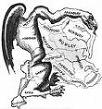













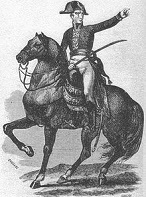







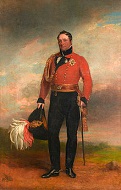
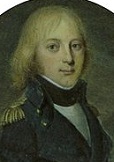
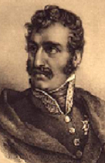
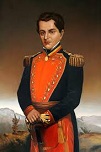









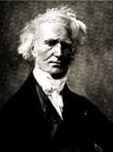








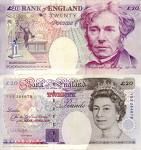
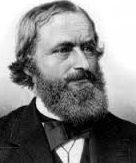




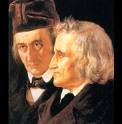
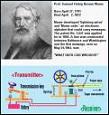
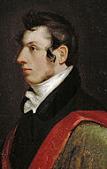
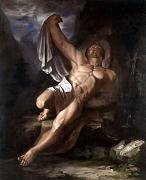

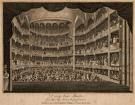

1812 On Jan. 8 the British under Arthur Wellesley siege Ciudad Rodrigo in Spain, capturing it on Jan. 19. On Jan. 9 the French under Marshal Louis Gabriel Suchet capture Valencia, Spain. On Jan. 19 the Battle of Villaseca is a V for the Spanish over the French. On Jan. 26 France annexes Catalonia. On Jan. 29 the Battle of Altafulla is a V for 8K French over 4,250 Spanish after Spanish Gen. Joaquin Ibanez (Joaquín Ibáñez), Baron de Eroles (1784-1825), who wiped out a French column on Jan. 18 in Col de Balaguer underestimates the enemy strength in a heavy fog and becomes a big tall fool. In Jan. Pres. Madison appoints Am. Rev. hero and former U.S. war secy. Henry Dearborn (1751-1829) as maj.-gen. in charge of the NE war sector from the Niagara River to the New England coast; too bad, he's turned into an incompetent old fart? On Feb. 2 the French capture Pensicola, Fla. On Feb. 11 Mass. Dem.-Repub. Gov. Elbridge Gerry (1744-1814) (pr. with hard G) signs a redistricting law carving Essex County up to favor his party, giving birth to the term "Gerrymandering" (pr. with soft G) after it assumes the shape of a salamander - that's why it's called messy chewits? On Feb. 13 the U.S. Supreme (Marshall) Court rules unanimously (6-0) in U.S. v. Hudson that in order for federal courts to render a criminal conviction for some activity, Congress must first enact a law criminalizing the activity, attach a penalty, then give the courts jurisdiction, barring them from trying and convicting defendants for common law crimes and introducing the principle of Nulla poena sine lege (Lat. "no penalty without a law"); courts retain implied powers to punish litigants for contempt of court and for defying court orders; Justice Bushrod Washington recuses himself. On Feb. 14, 1812 after the Ohio state legislature chooses the name, the city of Columbus, Ohio (after Christopher Columbus) at the confluence of the Scioto and Olentangy Rivers (modern-day pop. 787K/2.4M) is founded as the capital of Ohio after Ohio City is outvoted; it assumes the official functions in 1816. On Feb. 24 Prussia authorizes the French army to traverse its territory and provides them with 20K soldiers, and on Apr. 1 they reach the Oder River. On Feb. 27 Lord Byron addresses the House of Lords for the first time, about the Luddites. On Mar. 3 the U.S. Congress passes its first foreign aid bill. On Mar. 5 the Battle of La Roda in La Mancha, Castile is a V for the Spanish over the French. On Mar. 16 the British under Arthur Wellesley siege Badajoz, capturing it on Apr. 6. Why shaky superstitious South America is a bad place for a revolution? On Mar. 26 (Maundy Thur.) (2nd anniv. of the founding of the Caracas Junta) Caracas, Venezuela suffers a severe earthquake that kills 12K, doing most of the damage in repub. areas, causing the royalists to call it a punishment from God, further weakening the new Venezuelan Repub.; after the superstitious provinces bite bigtime, they switch to the royal side, and on July 4 the royalists stage a successful uprising in Barcelona, causing neighboring Cumana Province to defect. In the spring after the news of Alexander Mackenzie's explorations turns on Scottish philanthropist Lord Thomas Douglas, 5th Earl of Selkirk (1771-1820) to the Lake Winnipeg and Red River area in Manitoba as a place to help the poor start a new life, and he purchases the Selkirk Concession (a 300 sq. km tract in Manitoba, Minn. and N.D.), a party of 100 distressed Scottish crofters led by Capt. Miles Macdonnell arrives and establishes the Red River Colony, appeasing the Hudson's Bay Co. by agreeing not to threaten their monopoly; too bad, the rival North-West Co. stirs up trouble, and in 1815 a group of trappers and Metis drive the settlers out, which only pisses-off Selkirk, causing him to regain control with troops in 1817. In the spring Russia hastily makes peace with the Swedes and British, and breaks with France for fear that Napoleon wants to restore Poland under the grand duchy of Warsaw using his marriage alliance with the Austrians. In the spring retired ex-U.S. pres. Thomas Jefferson begins brewing beer at his Monticello estate in Va.; on May 12 he orders his slaves to bottle it. On Apr. 5 Russia signs a treaty of alliance with Sweden. On Apr. 20 U.S. vice-pres. #4 George Clinton (b. 1739) dies, becoming the first U.S. veep to die in office; his term isn't up until Mar. 3, 1813. On Apr. 30 "Pelican State" Louisiana (La.) is admitted as the 18th U.S. (slave) state, with former teritorial gov. (1804-12) William Charles Cole Claiborne (1775-1817) as gov. #1 (until 1816). On May 8 after Arthur Wellesley enters Madrid, and a nat. assembly is elected in Cadiz, Spain promulgates the new democratic 1812 Constitution; in July Wellesley begins a retreat to Portugal. On May 11 British Tory PM (since Oct. 4, 1809) Sir Spencer Perceval (b. 1762) is assassinated in the House of Commons by Liverpool businessman John Bellingham (b. 1769) (who is hanged on May 18), becoming the first British PM assassinated (next ?), and is succeeded on June 8 by freedom-of-speech stomper Tory Pittite Robert Banks Jenkinson, 2nd Earl of Livepool (1770-1828) (until Apr. 9, 1827). On May 14 after a triumphant entry into Caracas on Apr. 26 by Francisco Miranda, where he is appointed CIC of the army, he is defeated by a Spanish force under Juan Domingo de Monteverde y Rivas (1773-1832) (a frigate capt. who formed a large army of volunteers) at the Battle of La Victoria in La Victoria, Venezuela on June 20 and June 29 after treachery by Pedro Ponce, then retreats to Cabrera, decides it's hopeless and signs an armistice with Monteverde in Victoria on July 25 without authorization from the Caracas Junta, after which he attempts to flee on a British ship at La Guaira, and is arrested on July 30 in Laguayra as a traitor by the junta, who decide not to shoot him but hand him over to the Spanish, who sent him next year to Cadiz, where he dies in 1816 in the dungeons of the Spanish Inquisition; in June Monteverde becomes capt.-gen. of Venezuela (until Aug. 8, 1813); Simon Bolivar, who fought at Valencia and used Miranda as a bargaining chip for his own freedom flees to Cartagena, where on Dec. 15 he writes the Cartagena Manifesto, calling for a joint effort by Venezuela and New Granada to gain independence from Spain - attempted liberation is heresy? On May 18 the Battle of Silistria (Silistra) and the Battle of Vidin are Vs for Russia over Turkey despite the presence of Osman Pasha; on May 28 the Seventh Russo-Turkish War (begun 1806) ends with the Treaty of Bucharest; Russia gains the much-coveted province of Bessarabia (until 1917) and a position in the Balkans; Turkish influence in Romania weakens; the Turks are freed to take care of the pesky Serbs. On May 18-19 the Battle of Almaraz in Spain sees an Anglo-Portuguese army under British Lt. Gen. Rowland Hill (1772-1842) destroy a French pontoon bridge over the Tagus River, keeping French forces separated. On May 24 Napoleon I makes his final decision to invade Russia - talk about wishing to have a day back? In May the Repub. congressional caucus renominates Pres. Madison, along with Gov. Elbridge Gerry of Mass. for vice-pres.; 10 days later the Repubs. of N.Y. counter with the nomination of De Witt Clinton, late vice-pres. George Clinton's nephew, jealous that for 20 of the nation's 24 years a Virginian has held the presidency? On May 31 the Battle of Bornos in Bornos, Spain 40 mi. NE of Jerez de la Frontera is a V for the French under Gen. Nicolas Francois Conroux, Baron de Pepinville (Pépinville) (1770-1813) over the Spanish under Gen. Francisco Ballesteros (1770-1832) after they repel a surprise attack. In May price lids on grain are reinstated in France, but local prefects undermine them in competition with each other, and prices actually rise 50%-100%. On June 1 after France fails to close the leaks in their British blockade, causing a boom in British textiles in supplying Nappy's enemies, causing Napoleon to promise to repeal his blockade, followed by the Brits failing to revoke their restrictions on neutral trade with French-held Europe, pissing-off the U.S., Pres. Madison gives a speech, reciting a long list of British injuries (seizure of cargoes, impressment of seamen), which they had only responded to with "remonstrances and expostulations", then claims that there is "on the side of Great Britain a state of war against the United States, and on the side of the United States, a state of peace toward Great Britain"; even though the northeasterners vote against war, the "War Hawks" of the South and West, crying "free trade and seamen's rights", with their eyes on a possible takeover of Canada and pacification of Indian tribes in the NW railroad the U.S. House on June 4 into a war resolution by a 79-49 vote, followed on June 18 by a 19-13 vote in the Senate after Pres. Monroe becomes the first U.S. pres. to ask for a declaration of war, and the War of 1812 (Mr. Madison's War) (Second War of Independence) on Great Britain begins (ends Feb. 17, 1815); too late, on June 16 the British finally lift their restrictions on neutral trade without their knowledge; the U.S. Navy at first consists of only 16 seagoing vessels, vs. 1K+ for the British, and the war is very unpopular in New England, at first being ignored in favor of illegal trading and privateering, but when the fall of Napoleon allows the British to extend their blockade to New England and occupy Maine, it is considered a Southern plot to ruin them as ships rot in North Atlantic ports and goods pile upon the docks of Boston, Salem, and Marblehead; the Kickapoo, Wyandot, Shawnee (Northwest Indians), Sac and Fox, and other tribes fight with the British against the Americans (perhaps their last hurrah?); the Colonial Marines, formed in 1808 by the British from runaway black slaves who are promised their freedom if they fight serve from May 18, 1814-Aug. 20, 1816, mainly stationed at St. Augustine, Fla. and the Negro Fort (Fort Gadsden) on the Apalachicola River in NW Fla., pissing-off white slaveowners, who wait till they are disbanded then destroy their fort in the July 27, 1816 Battle of Negro Fort; Dem.-Repub. N.Y. Gov. (1807-13) Daniel D. Tompkins raises 40K militia using his personal fortune as security for equipment. On June 4 now that La. is a state, the Louisiana Territory is renamed the Missouri Territory. On June 15 the French evacuate Oviedo, Spain. On June 15 the Russians stop the French under Gen. Reynier at the Battle of Kobrin, becoming their first V over Napoleon. On June 16 the City Bank of New York opens; it later changes its name to Citibank. On June 17 the British under Gen. Arthur Wellesley siege Salamanca, Spain; on July 22 after several weeks facing each other off, the Battle of Salamanca (Battle of the Arapiles) is a V for the Brits and Portuguese under Wellesley over the French forces of Marshal Auguste Marmont, who is gravely wounded in the right arm and side and retires to France; meanwhile British Gen. Rowland Hill and his 18-man army protect Badajoz. 600K in, 30K out? On June 21 after raising taxes to pay for it, Napoleon declares war on Russia, and assembles his Grande Armee of 600K dead-men-walking (30K from Austria and 20K from Prussia, forming the right and left wings) (no overcoats) and marches them to Russia, with Prussia granting them free passage, invading Mother Russia on June 23, crossing the Niemen (Neman) River at Kovno 50 mi. NW of Vilna on June 26, then occupying Vilna (Vilnius) 700 mi. W of Moscow on June 28, while the Russians under gen. prince Michael Andreas (Mikhail Bogdanovich) Barclay de Tolly (1761-1818) (of Scottish descent) retreat without giving battle - my life always goes to the edge, my American Express card with me? On July 2 the Spanish siege French-held Astorga, Spain. On July 8 the French occupy Minsk, Russia. On July 20 Sicily proclaims a new 1812 Sicilian Constitution; the Sicilian Mafia is born as Sicily transitions out of feudalism and feudal barons sell their land to private citizens, causing private landowners to zoom from 2K in 1812 to 20K in 1861, recruiting armed guards to protect property rights. On July 21 the First Battle of Castalla is a V for the French over the Spanish. On July 23 the Battle of Saltanova S of Mogilev sees the Russians under gen. Nikolai Nikolaevich Raevsky (1771-1829) (whose 11-y.-o. son Nikolai and 16-y.-o. son Alexander fight with him) defeat the French then cross the Dnieper River to Smolensk, which he holds in a 24-hour battle on Aug. 4. On July 24 the French under Gen. MacDonald siege Riga, Latvia. On July 28 the French occupy Vitebsk, Russia. On July 30-Aug. 1 the Battle of Gorodetschna is a V for 25K Austrians and 13K Saxons over 31K Russians under Gen. Count Alexander Petrovich Tormasov (1752-1819), with 4K Russian casualties vs. 3K Austrian-Saxon casualties, after which the Russians withdraw and allow the Allies to occupy Kobrin on Aug. 3, causing Austrian Emperor Francis I to promote gen. Karl Philipp, Prince of Schwarzenberg (1771-1820) to field marshal. In July the Yankees fall all over themselves in their rush to invade and take over Canada, starting with a brief incursion into sparsely populated Upper Canada, but the reverses start early, and on Aug. 16 inept Gen. William Hull (1753-1825) surrenders Detroit to the British under Canadian leader Maj. Gen. Sir Isaac Brock (1769-1812), and is later court-martialed for it, while Brock becomes known as "the Hero of Upper Canada". On Aug. 7 a British-Sicilian force under Gen. Murray lands at Alicante, Spain; on Aug. 10 Spanish king (since 1808) Joseph Bonaparte (1768-1844) and his family abandon Madrid and flee to Valencia, where they hook up with Gen. Soult and retake Madrid in Nov., but Napoleon, returned from Russia soon recalls Soult with a large part of his army, allowing Wellesley to cut Joseph off. On Aug. 13 after hosting the banner "Free trade and sailos' rights" on July 2, the USS Essex, commanded by capt. (later commodore) David Porter (1780-1843) captures HMS Alert, becoming the first British warship captured in the War of 1812; too bad, after sailing around Cape Horn next year, on Mar. 28, 1814 Porter is forced to surrender off Valparaiso by the frigate HMS Phoebe and the sloop HMS Cherub. On Aug. 13 the Spanish capture Bilbao, Spain on the Bay of Biscay from the French. On Aug. 15 the Battle (Massacre) of Fort Dearborn in modern-day Chicago, Ill. is a V for the Potawatomi Indians, who burn the fort down and drive off the settlers, who soon return, rebuilding the fort in 1816. On Aug. 16 the 14,022 ft. (4,274m) Finsteraarhorn, highest mountain in the Bernese Alps of Switzerland is climbed by a team led by Aargau merchant Rudolph Meyer, incl. Joseph Bortes and Aloys Volker, who had been on the Jungfrau climb in 1811; Meyer becomes exhausted and stops at Meyer's Peak while the rest reach the summit; in 1913 John Percy Farrar claims that they only reached a shoulder 200m below the summit. On Aug. 16-18 the Battle of Smolensk 300 mi. W of Moscow (first major battle of the French invasion of Russia) sees Napoleon's 175K-man army defeat a 130K-man army under gen. Michael Andreas Barclay de Tolly, with 4.7K Russians KIA (incl. 5 gens.), 7K-8K wounded, and 2K taken POW, vs. 700 French KIA and 3K wounded; too bad, the French forget to save the food sources when they destroy Smolensk, biting them in the butt later. On Aug. 17-18 the First Battle of Polotsk 200 mi. W of the Polish border (150 mi. NW of Smolensk) is a V for the French under marshals Nicolas Charles Oudinot, 1st Comte Oudinot, 1st Duc de Reggio (1767-1848) and Laurent de Gouvion-Saint-Cyr, 1st Marquis de Gouvion-Saint-Cyr (1764-1830) ("the Owl") over the Russkies under field marshal prince Peter Christianovich Wittgenstein (1769-1843); before heading for Moscow, Napoleon leaves a contingent of French and German troops in Polosk to guard his N flank against Wittgenstein, which later becomes a major weak point. On Aug. 18 the Spanish capture Astorga in Leon from the French. On Aug. 19 the U.S. frigate USS Constitution ("Old Ironsides") under Capt. Isaac Hull (1773-1843) defeats the British frigate HMS Guerriere E of Nova Scotia, giving the U.S. public something to cheer about, and the arrogant British something to take the starch out of their wigs; in 1823 Hull is promoted to commodore. On Aug. 22 after learning Arabic and posing as a Muslim for safety, Swiss Orientalist and traveler Johann Ludwig (Jean Louis) Burckhardt (1784-1817) discovers the ancient Nabataean city of Petra in Jordan 50 mi. S of the Dead Sea, starting with Al-Khazneh (Arab. "The Treasury), going on to found Biblical Archeology. On Aug. 24 the French raise their siege of Cadiz (begun Feb. 5, 1810) and begin evacuating Andalusia; on Aug. 27 the Spanish storm Seville. On Aug. 31 after an insurrection in his native Nuevo Santander, Mexico was suppressed last year, causing him to travel to the U.S. to seek help for the remaining rebels, blacksmith Jose Bernardo Maximiliano Gutierrez de Lara places an ad in The Herald of Alexandria, La. calling for volunteers for the "Republicans of Nacogdoches", causing U.S. Lt. Augustus William Magee (McGee) (1789-1813) to recruit a force of 130 men in Nachitoches, La. for the Gutierrez-Magee Filibustering Expedition, meeting with La. Gov. William C.C. Clairborne and William Shaler in New Orleans before crossing the border in early Aug. 1812 and capturing Nacogdoches on Aug. 16, recruiting 200 more and taking Trinidad (Santisima Trinidad de Calcedo), Tex. on the E bank of the Trinity River on Sept. 13, followed by Presidio La Bahia in Goliad, where Magee dies of malaria or consumption (poisoned?), causing Am. adventurer Samuel Kemper (-1814) to take over as cmdr.; meanwhile on Dec. 10 de Lara meets with the U.S. House of Reps, who turn him down for fear of jeopardizing relations with Spain. Maybe that monkey figured out something I couldn't understand, who knows? Napleon's long run of hot luck turns not only cold but deadly hypothermic? On Sept. 5-7 after crossing the Viliya River, Napoleon wins the bloody Battle of Borodino 70 mi. WSW of Moscow against Russian field marshal Mikhail Ilarionovich Kutuzov (1745-1813) (the replacement for Tolly), who tries to halt Nappy with 121K men behind a line of earthworks across the highway at Borodino, causing Nappy (130K men) to maneuver the Russkies into massing in the center, then bombarding them with artillery, followed by a cavalry attack, breaking their lines and causing them to retreat under cover of darkness, leaving behind 45K KIA and wounded, incl. 22 gens., vs. 32K French KIA, incl. 31 gens., becoming the most bloody battle of the 19th cent.; Russian gen. Pyotr (Petr) Ivanovich Bagration (b. 1765) (who led the Russian left wing) is mortally wounded, and dies on Sept. 24, after which his remains are transferred back to the battlefield and a monument erected by Tsar Nicholas I in his honor; the grave is blown up during WWII. On Sept. 14 Napoleon attacks Moscow, but the retreating Russians burn it, and when he enters it on Sept. 15 he finds it nearly deserted and no place to be caught without supplies, and he finally retreats from Moscow on Oct. 19, his army disintegrating after crossing the Berezina River in Belarus on Nov. 26-28; marshals Oudinot and Michel Ney (1769-1815) lead 8.5K freezing Frogs to force the passage against 25K warm Russkies, and Napoleon leaves Joachim Murat in command of a fierce battle as he sets out for Paris, returning on Dec. 19 while his army is wasted by "General Winter" (the Russian winter) on the return march, only about 100K men straggling across the Niemen River, of which only about 30K return to France; the main reason for the deaths is typhus? - minus loose appendages? On Sept. 19-21 the Brits under Wellington siege Burgos, Spain; on Sept. 22 Wellington is offered command of the Spanish army, causing him to raze the siege on Oct. 21. In Sept. Federalists hold a Nat. Peace Convention in New York City, at which they agree to support DeWitt Clinton, who repays them by agreeing to straddle the war issue and play the crowd he's in front of, causing Pres. Madison to claim that this hampers his conduct of the war. On Oct. 1 Mass. pork packer Samuel Wilson (1766-1854) gives his nickname Uncle Sam to the U.S. govt. by mistaken interpretation of his "US" stamp on pork barrels shipped to feed the army. On Oct. 13 the Battle of Queenston Heights results when 6K Yankees under inexperienced Federalist political apointee Gen. Stephen Van Rensselaer III (1764-1839) and Gen. Alexander Smyth try to cross the Niagara River at Queenston Heights 7 mi. below Niagara Falls, and only 900 cross before surrendering, while the 1.5K Brits only lose 50 men, incl. Maj. Gen. Sir Isaac Brock (1769-1812), who insists on leading a charge and is picked off by U.S. sharpshooters. On Oct. 18 the French under gen. Murat are defeated by the Russians under Gen. Bennigsen at the Battle of Vinkovo (Tarutino) (Chernishnya) 8 mi. from Tarutino. On Oct. 18-20 the Second Battle of Polotsk (Smoliani) is V for the Russians under gen. Peter Wittgenstein over the French under marshal Laurent Gouvion Saint-Cyr, allowing the Russians to take Polotsk and then dismantle Napoleon's forces in Belarus, then join the other two Russian armies to go for Napoleon. On Oct. 31 the Battle of Aslanduz sees a Persian force of 20K under Prince Abbas Mirza (1789-1833) defeated by a Russian force of 2K-3K under Ukrainian Gen. Pyotr Stepanovich Kotlyarevsky (1782-1852), who go on to take Lenkoran - Persians get too much P to make good fighters? On Oct. 24 the Battle of Maloyaroslavets is a V for Napoleon's 20K troops over 25K Russians under Marshal Kutuzov, but he fails to follow up and march toward Kaluga and goes back to his pathetic retreat along the same road he came in on. On Oct. 25 Capt. Stephen ("Our Country Right or Wrong") Decatur Jr. (1779-1820) commands the U.S. frigate United States to a V over the British frigate Macedonian, earning him a promotion to karma chameleon commodore. On Oct. 29 French gen. Claude Francois de Malet (b. 1754) and several accomplices are executed in Paris for conspiring to install Louis XVIII during Napoleon I's return from Russia, announcing on Oct. 22 that he had died on Oct. 7 then attempting to seize Paris before he being found out and captured. On Oct. 31 the British evacuate Madrid. In Oct. an undisciplined U.S. militia on the Niagara River refuses to advance into Canada, followed by another at Plattsburg on Lake Champlain in Nov. In Oct. Lancaster, Penn. becomes the state capital. On Nov. 3 Napoleon is attacked at the village of Fyodorovskoy in Russia. On Nov. 9 a retreating French div. under gen. Louis Baraguay d'Hilliers (1764-1813) is captured outside Smolensk, and d'Hilliers ends up dying in disgrace next year in Berlin, leaving his 17-y.-o. son Louis-Achille Baraguey d'Hilliers (1795-1878), who ends up losing his left hand next year at Mockern. On Nov. 14-18 the Battle of Krasnoye (Krasny) (Krasnoi) is a pyrrhic V for Napoleon's remaining 42K regulars and 39K stragglers over 60K-80K Russkies under gen. Mikhail Kutuzov after Nappy stages a fake attack to cause Kutuzov to think twice, allowing him to escape destruction, although his Grande Armee suffers heavy losses, losing several individual defeats and abandoning most of its artillery and baggage train, losing 6K-13K French killed and 20K-26K captured vs. 5K Russian casualties; meanwhile the Russkies cut off French gen. Ney's forces, but they escape after a 3-day march, after which on Nov. 22 the Russkies cut the French line of march at the Berezina River, which the do-or-die French break through on Nov. 25-29; on Dec. 5 Napoleon abandons his dying Grand Armee, which retreats across the border into East Prussia on Dec. 14; meanwhile on Dec. 18 MacDonald's French army abandons its siege of Riga and heads back too. On Dec. 29 the U.S. frigate Constitution under Capt. William Bainbridge adds another V to its list over 38-gun the British frigate Java, but the British succeed in blockading most of the U.S. fleet. On Dec. 30 the Convention of Taurroggen (Taurage) declaring Prussia neutral is signed by Prussian field marshal Hans David Ludwig, Count Yorck (York) von Wartenburg (1759-1830) after he is talked into turning against the French (whom he had supported at Riga) in order to stop reprisals by the Russkies, who gain Koenigsberg; when he hears about it, Prussian king (since 1797) Frederick William III declares it void and orders his court-martial, causing Yorck to utter the soundbyte "The army desires war with France, the nation desires it, the king himself desires it, but his will is not free, therefore the army must make his will free", after which the bearer of his removal order is not allowed to pass through his lines, and he is absolved next year with the Treaty of Kalisch, causing Beethoven to name the jackboot-kicking Yorckscher Marsch (Yorck March) in his honor; the magic moment and turning point in Prussian history? In the winter U.S. Navy Capt. Oliver Hazard Perry builds a fleet of small boats on Lake Erie. Ft. Dearborn in Chicago is captured by the British. The Hong Kyong-nae Rebellion breaks out in N Korea, led by a disaffected "fallen" yangban (court official) in reaction to forced labor and oppressive taxation during a famine; they are finally quashed after several mo. The capital of Finland is moved from Turku to Helsinki to be closer to the Russian capital of Sunken Hell St. Petersburg; German architect Johann Carl Ludvig Engel (1778-1840) is hired to design the state bldgs. Kishinev is acquired from Moldavia by Russia. The charter of the Bank of the United States collapses, and Philly businessman Stephen Girard (1750-1831), who invested $1M in its shares in 1810 takes it over and continues it as the Bank of Stephen Girard, going on to become a big financial supporter of the War of 1812 and float 90% of a $5M war loan in 1814. I was framed by Her Majesty's Government? Wheat prices in Britain soar, banks stop payments in gold, and paper money is made legal tender, which in conjunction with a 10% income tax cuts spending power by 25%; starvation looms, and Luddite attacks on mills increase as weavers get nasty; the British Parliament passes the Frame-Breaking Act, making it a capital offense to break a machine (say that again?); after the Sheffield Riots and other Luddite attacks on machines and people, in Dec. Parliament passes an Anti-Luddite Bill mobilizing the Dragoons to assist local militias in capturing and hanging Luddites, soon crushing the movement. Mehmet Ali recaptures the Hejaz, along with the sacred Muslim cities Mecca, Medina and Jidda from the Sunni Arab Wahhabis, who continue a guerrilla war from C Arabia. The Stein-Hardenberg Reforms emancipate the Jews in Prussia. Irish-born British merchant ship capt. William Brown (1777-1857) moves to Buenos Aires, and is offered the command of the navy of the United Provinces, forming the first Argentine navy out of armored merchant ships, with fellow Irishman John Santiago King as his asst., commanding the Belfast et al. Henry Bell's 25-ton steamship Comet begins operation on the Clyde River in Scotland. British vice-adm. Sir William Henry Dillon (1779-1857) visits Algiers in the HMS Leopard, and observes Am. (incl. Jewish) slaves and how they are mistreated by the Muslim slave owners. The 14,026-ft. Finsteraarhorn in the Bernese Alps of Switzerland is scaled for the first time - only place left to escape the draft? North Dakota (N.D.) ("friend or ally" in Sioux) is settled by Scotch-Irish families at Pembina. Victor Marie du Pont (1767-1827) joins the Delaware Volunteers. The Baptist Union of Great Britain is formed. The Sisters of Loretto, named after Loreto in C Italy, where Jesus' house (Santa Casa) was allegedly flown by angels from Nazareth is founded in Loretto, Ky. (8 mi. NW of Lebanon), and goes on to found another house near Dublin in 1822. Presbyterian Princeton Theological Seminary is founded in Princeton, N.J., becoming known for Bible-thumping Calvinist Princeton Theology; in 1910 they issue a list of five dogmas deemed essential to defend the infallibility of the Bible, incl. inerrancy of scripture, the Virgin Birth of Christ, Christ's atonement for our sins on the cross, Christ's bodily resurrection, and the objective reality of Christ's miracles; the last one is later replaced by the doctrine of premillennialism, that Christ will physically return to Earth in the Second Coming to inaugrate the thousand-year golden age of peace AKA the Millennium; too bad, in 1929 after the theological liberals take over the school, the last Bible-thumping Princeton theologians leave to found Westminster Theological Seminary in Glenside, Penn. The Royal Yacht Squadron in England is formed. Goethe and Beethoven meet in Teplitz. Lady Caroline Lamb (nee Ponsonby) (1785-1828), wife of Whig leader William Lamb, 2nd Viscount Melbourne has a public affair with Lord Byron (1788-1824), calling him "mad, bad, and dangerous to know". Hamilton College in Clinton, N.Y. is founded. The Southern Am. college fraternity Kuklos Adelphon (Gr. "kuklos" = circle) (AKA Kappa Alpha, Alpha Society) is founded at the U. of N.C. (until 1866); origin of the name Ku Klux Klan? Mass. printer Isaiah Thomas founds the Am. Antiquarian Society. The Academy of Natural Sciences of Philadelphia in Penn. is founded. The Gesellschaft der Musikfreunde (Musikverein) in Vienna is founded. The Hampden Clubs for extending the franchise (vote) are formed in England by English Radical MP Maj. John Cartwright (1740-1824). The Westminster Gas Light and Coke Co. in London is chartered on Apr. 30 by German-born Frederick Albert Winsor (Winzer) (1763-1830), becoming the first co. to supply London with coal gas, operating Britain's first gas works. The Peugeot Co. is founded in France to make saws; clock springs, corset frames, and umbrella frames (1833); pepper mills (1842); coffee grinders (1879); bicycles (1885); gas-driven cars (1890). J.L. Burckhardt of Switzerland discovers the rock-hewn Great Temple of Abu Simbel in Thebes, Egypt. Robert Stuart first mentions the 400 ft. Courthouse and Jail Rocks (originally McFarlan's Castle, the Lonely Tower, the Castle, the Capitol) S of modern-day Bridgeport in the Neb. Panhandle in W Neb. at the E terminus of the Wildcat Hills overlooking the North Plate River Valley, becoming a landmark for pioneers. Architecture: Drury Lane Theatre in London is finished. San Carlo Opera House in Naples (begun 1810) is finished. Chateau de Meudon 3 mi. SW of Paris becomes the official residence of the king of Rome, Jerome Bonaparte; it burns down in 1871. Benjamin Franklin's grandson tears down a framework of white beams in Franklin Court that he and his wife Deborah had intended to be their dream home but never finished. Inventions: Bryan Donkin (1768-1855) of Northumberland, England, partner in John Hall's Dartford Iron Works opens the first British cannery based on Nicolas Appert's patents, but instead of glass jars he uses iron cans coated with tin; by 1818 he supplies 14 tons of canned meat to the British Admiralty, all of which are opened with a hammer and chisel; by the next decade the process is exported to the U.S., although mass production of tin cans doesn't go bigtime until the beginning of the 20th cent. Peter Gaillard of Lancaster, Penn. patents a horse-drawn mowing machine on Dec. 4. Eli Whitney finally perfects his mass production techniques, and turns out 15K guns for the U.S. govt. within two years. The U.S. Congress makes its first broad contract for the maintenance of lighthouses with Winslow Lewis (1770-1850) after purchasing his Reflecting and Magnifying Lantern patent. Cabinet maker William Monroe of Concord, Mass. invents a machine for making lead pencils encased in grooved cedar holders. Matthew Murray (1765-1826) of England builds the first commercially viable steam locomotive, the twin-cylinder Salamanca. French mechanic Philippe Henri Girard (1745-1845) invents a flax-spinning machine after Napoleon promises 1M francs as a prize, but he never collects. Dietrich Nikolaus Winkel (1780-1826) of Amsterdam, Holland invents the metronome; too bad, he fails to patent it, allowing Johann Nepomuk Malzel (Mälzel) (1772-1838) to steal it and patent the Malzel Metronome in 1816. Science: Am. naturalist John James Audubon (1785-1851) makes his famous breakthrough Drawing of a Whippoorwill in Flight. Jons Jacob Berzelius proposes that all chemical combinations are caused by electrostatic attractions. French mathematician-physicist-astronomer Jacques Philippe Marie Binet (1786-1856) discovers the rule for matrix multiplication, going on to lay the foundations of matrix algebra. French scientist Pierre Louis Dulong discovers sensitive unstable nitrogen trichloride, losing two fingers and an eye. In 1812 German-born Russian chemist Gottlieb Sigismund Constantin Kirchhoff (1764-1833) obtains glucose (Gr. for "sweet") (AKA corn syrup) by treating starch with sulfuric acid, becoming an early use of a catalyst. The original mad scientists start out as pop stars? English scientist pop star Humphry Davy (1778-1829) (the original Davy Jones?) is knighted and becomes Sir Humphry Davy; he permanently damages his eyes in a nitrogen chloride explosion this year, and his reckless experiments and love of sniffing laughing gas keep him an invalid to his death in 1829; his misfortune is the luck of Michael Faraday (1791-1867) (the original Robin?), as the eye injury causes Davy to hire him as his secy. and lab asst. next year, where he matures into his protege and rival ("his best discovery"), and invents (with William Whewell) the cool new nomenclature for electric junkies, such as electrode, electrolysis, electrolyte, anion (electrode toward which anions move), cation and ion; unfortunately Faraday also injures his eyes in a nitrogen chloride explosion, and goes on to suffer from chronic chemical poisoning. James Parkinson becomes the first physician to recognize perforation of the peritoneum as the cause of death in appendicitis. A German thesis pub. the first medical description of colored hearing (synesthesia), and is later confirmed by Gustav Fechner in 1871 and Francis Galton in the 1880s. Nonfiction: Dominique Jean Larrey (1766-1842), Memoirs of Military Surgery and Campaigns (3 vols.) (Paris). Barthold Georg Niebuhr (1776-1831), The History of Rome (Romische Geschichte) (2 vols.) (English trans. pub. in 1827) (vol. 3 down to the end of the First Punic War pub. posth. in 1832, ed. by Johannes Claussen); the first scientific study of ancient Rome, emphasizing groups and their social traits, tendencies and institutions in preference to individuals, pioneering the writing of history in the absence of original records, founding modern scholarly historiography; a year spent in England and Scotland in 1798 to study agriculture and physics "gave me one important key to Roman history. It is necessary to know civil life by personal observation in order to understand such states as those of antiquity. I never could have understood a number of things in the history of Rome without having observed England." Maria, Lady Callcott , Letters on India. Georges Cuvier (1769-1832), Recherches sur les Ossements Fossiles de Quadrupedes (Researches on Quadruped Fossil Bones); issues his "rash dictum" that it is unlikely that any large animal remained undiscovered. Sir Humphry Davy (1778-1829), Elements of Chemical Philosophy (London); first texbook of physical chemistry? Wilhelm Gesenius (1786-1842), Dictionary of Hebrew and Chaldaic Language; throws the languages open to scientific study by goyim? Sir Richard Hoare (1758-1838), Ancient History of North and South Wiltshire (1812-19). Isaac D'Israeli (1766-1848), The Calamities and Quarrels of Authors with Some Inquiries Respecting Their Normal Moral and Literary Characters (1812-3). Jove knows that I love, but whom, lips do not move, no man must know? Hegel's dialectic launches Euro philosophers into a tizzy for the rest of the cent., spawning Marxist dialectical materialism and state worship? Georg Wilhelm Friedrich Hegel (1770-1831), The Science of Logic (Wissenschaft der Logic) (Die Objektive Logik) (3 vols.) (1812, 1813, 1816); rev. 1831; how history is a progressive process from Pure Being (China) to the Absolute Idea (Prussia) (pure thought thinking about pure thought), based on the dialectic (thesis + antithesis = synthesis); "This unity is consequently the absolute and all truth, the Idea which thinks itself"; "The history of the world is the discipline of the uncontrolled natural will, bringing it into obedience to a universal principle and conferring subjective freedom. The East knew, and to the present day knows, that 'one' is free; the Greek and Roman world, that 'some' are free; the German world knows that 'all' are free", therefore America is the land of the future, and the Absolute will reveal itself one day, perhaps in a contest between North and South America", with war being necessary, along with class structures and the state; his 1811 marriage makes him get serious, and this work gets him a job as prof. of philosophy at the U. of Heidelberg in 1816, followed by prof. of philosophy at the U. of Berlin in 1818-31. Pierre-Simon de Laplace (1749-1827), Theorie Analytique. John Nichols (1745-1826), Literary Anecdotes of the 18th Century (1812-15). Benjamin Rush (1746-1813), Medical Inquiries and Observations upon Diseases of the Mind (4 vols.); first Am. textbook on psychiatry, advocating humane treatment of the mentally ill. Percy Bysshe Shelley (1792-1822), Declaration of Rights. Music: Ernst Moritz Arndt (1769-1860), Wast Is des Deutschen Vaterland?; composed in exile in Russia. Francois-Adrien Boieldieu (1775-1834), Jean de Paris (comic opera) (Paris). James Sanderson (1769-1841), Hail to the Chief; lyrics from Sir Walter Scott's poem "The Lady of the Lake". Art: Jacques-Louis David (1748-1825), Emperor Napoleon in His Study; starts the trend of portraying Little Boney with his right hand in his shirt. John Flaxman (1755-1826), Lord Cornwallis (sculpture) (Prince of Wales Island). Theodore Gericault (1791-1824), The Charging Chasseur; an officer of the Hussars charging on horseback; his first major work, exhibited at the Paris Salon. Francisco de Goya (1746-1828), The Duke of Wellington. Baron Antoine-Jean Gros (1771-1835), Francis I; Charles V. Samuel F.B. Morse (1791-1872), Self-Portrait; The Dying Hercules; 6' x 8'; his masterpiece; a commentary on the War of 1812; "My great picture also has not only been received at the Royal Academy, but has one of the finest places in the rooms. It has been spoken of in the papers, which you must know is considered a great compliment." Poetry: William Cullen Bryant (1794-1878), To a Waterfowl; "There is a Power whose care/ Teaches thy way along that pathless coast,--/ The desert and illimitable air,--/ Lone wandering, but not lost." Lord Byron (1788-1824), Childe Harold's Pilgrimage (4 parts) (1812-18); childe is a medieval term for a candidate for knighthood; his 2-year tour of Europe romanticized; makes him a star; dedicated to Ianthe; criticizes Lord Elgin's actions regarding the Acropolis, "The walls defaced, the moldering shrines removed by British hands", causing Elgin in 1820 to pub. the reply Memorandum on the Subject of the Earl of Elgin's Pursuits in Greece, telling why it's such a great idea; when the Turks destroy Athenian monuments in 1826-7 during the Greek war of independence, the criticism stops. George Colman the Younger (1762-1836), Poetical Vagaries. Jan Frederik Helmers (1767-1813), De Hollandsche Natie (The Dutch Nation); anti-French; big hit. Louis-Jean Nepomucene Lemercier (1771-1840), L'Atlantiade ou la Theogonie Newtonienne. Thomas Moore (1779-1852), The Two-Penny Post-Bag. Christopher North (1785-1854), Isle of Palms. Thomas Love Peacock (1785-1866), The Philosophy of Melancholy. Births: Austrian architect Eduard van der Null (Nüll) (d. 1868) on Jan. 12 in Vienna; educated at the Vienna Polytechnical Inst. Serbian PM (1861-7) Ilija Garasanin (d. 1874) on Jan. 28 in Garasi. Ukrainian "Dark Eyes", "Little Russian Fables" Romantic writer-poet Yevhen Hrebinka (d. 1848) on Feb. 2 in Ubizhyshche, Poltava Gubernia. French military officer Georges-Charles de Heeckeren d'Anthes (d'Anthès) (d. 1895) on Feb. 5 in Colmar; killer of Alexander Pushkin. English "David Copperfield", "Great Expectations" novelist ("Boz") Charles John Huffam Dickens (d. 1870) on Feb. 7 in Portsea, Portsmouth; born poor, works in a dye warehouse at age 11 while his father spends over a year in debtor's prison, then receives a legacy setting daddy free and allowing him to attend school in 1824-6; clerks for two years and learns shorthand; combs his hair hundreds of times a day; dictates his novels to an asst.; writes and sleeps facing north to align with the poles?; known for wife-beating, anti-Semitism, xenophobia, and white supremacy. Am. Confederate vice-pres. (1861-5) Alexander Hamilton "Little Elick" Stephens (d. 1883) on Feb. 11 in Crawfordville, Taliaferro County, Ga.; adds the middle name Hamilton after his benefactor, Presbyterian minister Alexander Hamilton Webster. U.S. Repub. vice-pres. #18 (1873-5) Henry Wilson (Jeremiah Jones Colbath) (d. 1875) on Feb. 16 in Farmington, N.H. Polish Romantic poet Count Zygmunt Napoleon Krasinski (d. 1859) on Feb. 19 in Paris. English Victorian Gothic Revival architect-archeologist Augustus Welby Northmore Pugin (d. 1852) on Mar. 1 in London; son of Augustus Charles Pugin (1762-1832); father of Edward Welby Pugin (1834-75) and Peter Paul Pugin (1851-1904); goes Roman Catholic in 1834 after studying ecclesiastical architecture, then fights to push medieval architecture over pagan, restoring many Catholic churches. German "Economics of the Present and Future" economist Bruno Hildebrand (d. 1878) on Mar. 6; father of Adolf von Hildebrand (1847-1921); grandfather of Dietrich von Hildebrand (1889-1977). Mexican pres. (1855-7) Ignacio Gregorio Comonfort de los Rios (d. 1863) on Mar. 12 in Puebla. Russian pro-Western abolitionist writer ("Father of Russian Socialism") Alexander Ivanovich Herzen (Hertzen) (d. 1870) on Apr. 6 (Mar. 25 Old Style) in Moscow. U.S. Army Gen. Randolph Barnes Marcy (d. 1887) on Apr. 9 in Greenwich, Mass. German "Martha" opera composer Friedrich von Flotow (d. 1883) on Apr. 12 in Teutendorf, Mecklenburg. English journalist-historian John Forster (d. 1876) on Apr. 12 in Newcastle; ed. of the London Examiner (1847-55). French Barbizon School landscape painter Pierre Etienne Theodore Rousseau (d. 1867) on Apr. 15 in Paris. British statesman and gov.-gen. of India (1848-1956) James Andrew Broun-Ramsay, Marquis and 10th Earl of Dalhousie (d. 1860) on Apr. 22 in Dalhousie Castle, Midlothian, Scotland; son of the 9th Earl of Dalhousie (1770-1838); educated at Harrow School, and Christ Church, Oxford U. French match inventor Marc Charles Sauria (d. 1895) on Apr. 25 in Poligny, Jura. German munitions magnate ("the Cannon King") Alfred Krupp (d. 1887) on Apr. 26 in Essen; son of Friedrich Krupp (1787-1826). English "The Owl and the Pussycat" artist, musician, and nonsense poet (epileptic) Edward Lear (d. 1888) on May 12 in Highgate, London; a 20th child; raised by his elder sister; his patron is the 13th earl of Derby, causing a rumor that the earl is the real author of the nonsense since lear is an anagram of earl. English "Pippa Passes", "Pied Piper of Hamelin" poet-playwright Robert Browning (d. 1889) on May 7 in Camberwell, London; father is a prosperous bank clerk with a 6K-vol. library, mother is a devout Nonconformist; educated by tutors before attending the U. of London; known for his dramatic monologues; husband (1846-61) of Elizabeth Barrett Browning (1806-61). Am. soldier-physician (black) (Freemason) (abolitionist) (black nationalist?) Maj. Martin Robinson Delany (Delaney) (d. 1885) on May 6 in Charleston, Va.; first black field officer in the U.S. Army; mother takes them to Chambersburg, Penn. when it is discovered she's teaching him to read. Am. Civil War Union brig. gen. John McClernand (d. 1900) on May 12 in Hardingsburg, Ky. English Mormon leader George Darling Watt (d. 1881) on May 12 in Manchester; first Mormon convert in the British Isles (July 30, 1837). German astronomer Johann Gottfried Galle (d. 1910) on June 9 in Radis; first to view the planet Neptune (Sept. 23, 1846). U.S. Rep. (D-N.Y.) (1841-3, 1863-5, 1867-81) and N.Y. mayor (1855-7, 1860-62) Fernando Wood (d. 1881) on June 14 in Philadelphia, Penn.; named after the Gothic novel "The Three Spaniards" (1800) by George Walker. Russian "Oblomov" novelist Ivan Alexandrovich Goncharov (d. 1891) on June 18 (June 6 Old Style) in Simbirsk (Ulyanovsk); educated at Moscow U. German Marxist-Socialist writer (Jewish) (founder of Labor Zionism) Moses (Moshe) Hess (d. 1875) on June 21 in Bonn; coiner of the saying "religion is the opiate of the people"? Polish novelist Joseph Ignatius Kraszewski (d. 1887) on July 28 in Warsaw. German prince Carl (Karl) of Solms-Braunfels (d. 1875) on July 12 in Neustrelitz. Am. rear adm. John Rodgers Jr. (d. 1882) on Aug. 8 near Havre de Grace, Md.; son of John Rodgers Sr. (1772-1838). Am. winemaker ("the Father of Calif. Viticulture") Agoston Haraszthy (d. 1869) on Aug. 30 in Pest, Hungary; first Hungarian to settle in the U.S. (1840). Am. Mormon Mountain Meadows Massacre scapegoat John Doyle Lee (d. 1877) on Sept. 6 in Kaskaskia, Ill. Russian celeb Natalia Nikolayevna Pushkina (Pushkina-Lanskaya) (nee Goncharova) (d. 1863) on Sept. 8 in Karian, Tambov; wife (1831-7) of Alexander Pushkin (1799-1837) and (1944-63) Maj. Gen. Petr Petrovich Lanskoy (1799-1877). English historian-jurist Edward Shepherd Creasy (d. 1878) on Sept. 12 in Bexley, Kent; educated at Eton College, and King's College, Cambridge U.; knighted in 1860. Am. inventor Richard March Hoe (d. 1886) on Sept. 12 in New York City; son of Robert Hoe (1784-1833); uncle of Robert Hoe (1839-1909); inventor of the rotary press. Italian chemist dAscanio Sobrero (d. 1870) on Oct. 12 in Casale Monferrato; inventor of nitroglycerine (1847); teacher of Alfred Nobel. Chinese Qin Dynasty statesman-gen. Zuo Zongtang (Tsuo Tsung-t'ang) (d. 1885) on Nov. 10 in Wenjialong, Hunan; namesake of Gen. Tso's Chicken. English historian-Orientalist George Rawlinson (d. 1902) on Nov. 23 in Chadlington, Oxfordshire; brother of Sir Henry Creswicke Rawlinson (1810-95); educated at Trinity College, Oxford U. English "London Labour and the London Poor" journalist and reformer (co-founder of Punch) Henry Mayhew (d. 1887) on Nov. 25 in London; one of 17 children; educated at Westminster School. French adm. Pierre-Gustave Roze (d. 1883) on Nov. 26 in Toulon. English Rinso soap inventor (Congregationalist) Robert Spear Hudson (d. 1884) on Dec. 6 in West Bromwich, Staffordshire; educated at Trinity College, Dublin. Am. Standard & Poor's co-founder Henry Varnum Poor (d. 1905) on Dec. 8 in Andover, Maine; educated at Bowdoin College. British gov.-gen. #21 of India (1856-62) Charles John Canning, 1st Earl Canning (d. 1862) on Dec. 14 in Brompton, London; youngest child of George Canning and Joan, Viscountess Canning, daughter of Maj.-Gen. John Scott; educated at Christ Church College, Oxford U.; created earl in May 1859. Scottish self-help book writer Samuel Smiles (d. 1904) on Dec. 23 in Haddington, East Lothian; educated at the U. of Edinburgh. German Marxist leader Karl Schapper (d. 1870) on Dec. 30 in Weinbach. German chemist Ludwig Ferdinand Wilhelmy (d. 1865). Am. realistic portraitist Charles Loring Elliott (d. 1868) in Auburn, N.Y.; pupil of John Trumbull and John Quidor (1801-81). Korean p'ansori opera composer Sin Chae-hyo (d. 1884). Norwegian poet-folklorist Peter Christen Asbjornsen (d. 1885). Dutch Romantic novelist (Protestant) Anna Louise Geertruida Bosboom-Toussaint (d. 1886) in Alkmaar. Dutch novelist Pieter Hasebroeck (AKA Jonathan) (d. 1896). Deaths: Am. pastor Martin Boehm (b. 1725) on Mar. 23. English piano maker John Broadwood (b. 1732) on July 17 in London. Irish playwright-librettist Isaac Bickerstaffe (b. 1733). Am. Rev. War. gen. James Clinton (b. 1733) on Dec. 12 in Little Britain, N.Y. (brother of George Clinton). U.S. vice-pres. #4 (1805-12) George Clinton (b. 1739) on Apr. 20 in Washington, D.C. (brother of James Clinton). German Jewish banking house patriarch Meyer Amschel Rothschild (b. 1744) on Sept. 19 in Frankfurt-am-Main; orders his sons to only marry their first cousins?: "Give me control of a nation's money and I care not who makes its laws." Dutch surgeon-scholar-trader Isaac Titsingh (b. 1745) on Feb. 2 in Paris. Irish-born Am. printer John Dunlap (b. 1747) on Nov. 27 in Philadelphia, Penn. German painter Johann Friedrich August Tischbein (b. 1750) on June 21 in Heidelberg. Am. diplomat-poet Joel Barlow (b. 1754) on Dec. 24 in Zarnowiec, Poland; dies of exposure while retreating with the French army. French Gen. Claude Francois de Malet (b. 1754) on Oct. 29 in Paris (executed). Bohemian composer Johann Ludwig Dussek (b. 1760) on Mar. 20 in St.-Germain-en-Laye. British PM (1809-12) Sir Spencer Perceval (b. 1762) on May 11 in London (assassinated in the House of Commons); last words: "I am murdered". Russian gen. Prince Pyotr Ivanovich Bagration (b. 1765) on Sept. 24 (Sept. 12 Old Style) in Simi (mortally wounded in the Battle of Borodino on Sept. 7). British maj. gen. John Le Marchant (b. 1766) on July 22 in Salamanca, Spain (KIA in cavalry charge). British maj. gen. Sir Isaac Brock (b. 1769) on Oct. 13 in Queenston, Upper Canada (KIA); last words: "Surgite" (press on). French physicist Etienne-Louis Malus (b. 1775) on Feb. 24. Am. clergyman Joseph Stevens Buckminster (b. 1784). German painter Franz Pforr (b. 1788) on June 16 in Albano Laziale, Rome, Italy (TB). Am. Indian guide Sacagawea (b. 1788) on Dec. 20 in Ft. Lisa, N.D.






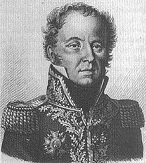
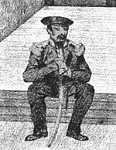












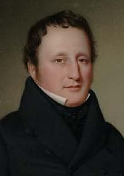

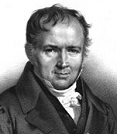



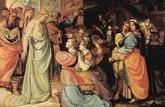
1813 On Jan. 2/3 Aaron Burr's beloved daughter Theodosia Burr Alston (b. 1783) mysteriously dies at sea while en route to meet him in New York City, where he had returned last July from Europe, going by the alias Adolphus Arnot; lured onto the Carolina Banks by pirates and murdered?; found on the Gulf Coast at the mouth of the San Bernard River by a Karankawa Indian chief in a wrecked ship chained naked to a bulkhead, giving him a gold locket before dying? On Jan. 18-23 the British under Col. Henry Patrick Procter (Proctor) (1763-1822) defeat a detachment of Am. troops from Ky. under brig. gen. James Winchester (1752-1826) at the Battle of Frenchtown near Frenchtown (modern-day Monroe), Mich., then renege on a pledge of protection, allowing their Indian contingent to slaughter 68 wounded Am. soldiers at the Battle (Massacre) of Raisin River; Winchester is taken POW and released after 1 year, commanding the district of Mobile, Ala.; the Americans don't drive the British from Mich. until Sept. In Jan. the electoral votes are counted, and Madison defeats George Clinton by 128-89; Madison carries all S and W states except Md. and Del.; Clinton carries all New England and Middle Atlantic states except Penn. and Vermont. On Feb. 19 after a 1.5K-man royalist army under Lt. Col. Francisco Ignacio Elizondo Villarreal (1766-1813) pursues them, the Repub. Army of the North under Samuel Kemper, U.S. Col. Henry A. Perry, and Bernardo Gutierrez de Lara retreat to San Antonio de Bexar, and get ambushed on Mar. 29 while searching for food on Rosillo (Salado) Creek in SE Bexar County, Tex., leading on Mar. 29 to the Battle of Rosillo Creek (Rosalis) 9mi. SE of San Anontio de Bexar near the confluence with Salado Creek, with 100-330 royalist troops vs. six repub. troops KIA, and most of the royalists' arms and ammo captured, causing them to retreat to San Antonio and sign a truce on Apr. 1, after which on Apr. 6 de Lara declares Texas independent from Spain, proclaiming its first constitution, with himself as pres. #1 of the First Repub. of Tex.; on June 20 the 2-hour Battle of Alazan Creek in modern-day Bexar County, Tex. W of San Antonio de Bejar sees the 800-man Repub. army under de Lara and Perry surround the 1K-man army of Col. Ignacio Elizondo at dawn and surprise them during breakfast, wiping them out and inviting Indian allies to scalp them, capturing massive supplies incl. 2K horses and mules, 300 guns and muskets, 5K lbs. of gunpowder, and mucho food; too bad, de Lara is replaced by U.S.-backed Gen. Jose Alvarez de Toledo y Dubois (1779-1858), who leads the men to capture San Antonion on aug. 1, but alienates them with racism, causing them to be defeated on Aug. 18 by Jose Joaquin de Arredondo y Miono (José Joaquín de Arredondo y Mioño) (1776-1837) at the Battle of Medina 20 mi. S of San Antonio, losing 1.3K KIA (vs. only 55 royalists), causing Toledo to flee to La., attempt another invasion in 1814, then flop and reconcile with Spain in 1816, becoming an adviser to Fernandi VII; meanwhile the royalists execute all the captured U.S. citizens, ending hope of U.S. aid. On Feb. 28 the Treaty of Kalisch establishes an alliance between Russia and Prussia, and invites Austria and Britain to join them in liberating Europe from Bad Kid Nappy Lion; big hero Count Yorck von Wartenburg makes a triumphal entry into Berlin on Mar. 17, and the same day the king declares war on Napoleon; Yorck's troops later form the nucleus of the army of East Prussia that is inherited by Hitler. On Mar. 4 U.S. pres. #4 James Madison is inaugurated for a second term in the 7th U.S. Pres. Inauguration; Elbridge Gerry (1744-1814) becomes the 5th U.S. vice-pres. On Mar. 10 the old Teutonic Order (1219) Iron Cross is founded in Breslau, Germany by Prussian king Friedrich Wilhelm III as an award for fighting Napoleon. On Mar. 26 a royalist expedition led by Gen. Parja lands in Chile, and Bernardo O'Higgins (1780-1846) joins with pres.-dictator Jose Miguel Carrera in Conception, and are defeated on Oct. 17 at the Battle of El Roble on the Itala River, with O'Higgins saving the army from a total rout; Carrera is deposed, and O'Higgins becomes new pres. On Mar. 27 the Russians and Prussians occupy Dresden, but Nappy isn't done for yet, and he heads to intercept them (May 2). On Mar. 29 (his 23rd birthday) John Tyler (b. 1790) marries Letitia Christian (1790-1842) (good plantation mgr.); they have 3 sons and 4 daughters. On Apr. 13 the Second Battle of Castalla is a V for an Anglo-Spanish force under Lt. Gen. Sir John Murray over a French force under Marshal Louis Gabriel Suchet. On Apr. 16 the first mass production factory opens in the U.S., producing pistols. On Apr. 27 after Maj. Gen. Henry Dearborn talks U.S. war secy. John Armstrong out of capturing Kingston on the E end of Lake Ontario, he raids York (later Toronto), capital of Upper Canada at the NW end, protected by the U.S. fleet under Capt. Isaac Chauncey (1779-1840), and sacks it, burning a number of public bldgs., then takes Ft. St. George on May 27, all with heavy losses while allowing the British army to escape and almost capture the U.S. base in Sackett's Harbor on the E end of the lake; luckily Dud Dearborn takes ill, and is replaced as CIC of the NE sector of the war by Gen. Morgan Lewis officially on July 6; too bad, he ends up in New York City presiding over the court-martial of Gen. William Hull for losing Detroit, only to prove it was due to his own incompetence, and he is dishonorably discharged from the army on June 15, 1815, losing an appointment as war secy. - are you ready for another Yankee smack or what? In Apr. U.S. maj. gen. (who was court martialed in 1811 and found not guilty, then promoted?) James Wilkinson (1757-1825) seizes Mot Bay in West Florida in Spanish territory, the small garrison giving up without a fight, then occupies Mobile, Ala. On May 2 Napoleon intercepts the Russians and Prussians at the indecisive Battle of Lutzen, then again on May 20-21 at the indecisive Battle of Bautzen, but with heavy casualties, allowing Metternich (who is waiting in the wings) to mediate a peace while completing Austria's armaments; meanwhile the other allies increase their strength more than the French by the time Austria joins the war against them. In May Simon Bolivar begins a campaign against the royalists in Venezuela, taking earthquake-rocked Caracas (his home town) on Aug. 4, gaining the title of El Libertador, taking dictatorial powers, and on Aug. 7 proclaiming the Second Venezuelan Repub. (ends July 16, 1814); Jose Tomas Rodriguez Boves (1782-1814) starts a guerrilla war on behalf of the Spanish crown, in which atrocities get committed by both sides. On June 1 the 38-gun 3-masted U.S. heavy frigate Chesapeake under Capt. James Lawrence (1781-1813) ventures out of blockaded Boston harbor to accept a British challenge, and is defeated and captured by the British frigate HMS Shannon after mortally-wounded Lawrence issues the immortal soundbyte "Don't give up the ship" while being taken below decks. On June 4 after Metternich talks him into it, the Armistice of Plieswitz (Poischwitz) is signed with the Russians and Prussians by Napoleon, effective until June 26. On June 14-15 the First Treaty of Reichenbach (Dzierzoniow) is signed by Britain, Russia, and Prussia, in which Britain agrees to send subsidies to Prussia and Russia, who agree not to make a separate peace with Napoleon - stick with the home team - this is good? On June 21 82K allies under the Arthur Wellesley, 1st marquess of Wellington decisively defeat 60K French troops under Gen. Jourdan at the naval Battle of Vittoria (Vitoria) in Spain, then on July 7-Sept. 8 9,750 British and Portuguese troops under Thomas Graham siege San Sebastian in N Spain, defended by 3,380 troops under French Gen. Louis Emmanuel Rey (1768-1846), sacking and burning the town before invading S France, causing Joseph Bonaparte to return to his estate in France without resigning; meanwhile French marshal Suchet is driven out of Valencia and Barcelona. On June 22 after learning about a planned Am. attack in the Niagara Peninsula, Canadian loyalist Laura Secord (1775-1868) walks 21 mi. out of Am.-occupied territory to warn British forces under Lt. James FitzGibbon, allowing the British and Mohawks to repel them on June 24 at the Battle of Beaver Dams, capturing 500 POWs incl. the cmdr. On June 26 Metternich meets with Napoleon in Dresden and pulls off a Machiavellian coup when he swindles the "small" man Napoleon, who used to own him but is now caught in a jam, into extending the armistice until Aug. 10 (10 weeks total), while he baits him with favorable terms which he knows he will refuse, and in case he accepts, he knows he can maneuver him into breaching the terms; meanwhile he has the draft of the Second Treaty of Reichenbach (Dzierzoniow) between Austria, Russia, and Prussia in his pocket, which is signed on June 27, with Austria promising to field 50K men if Napoleon rejects their ultimatum, and also not to make a separate peace with the bum, creating the Sixth Coalition against Napoleon; during the power play interview Nappy drops his hat, and Metternich refuses to stoop to pick it up?; after it's over, and Nappy rejects the offer, Bettermach has signal beacons lit telling the Austrian army in Silesia that war is on; German historian Barthold Georg Niebuhr leaves the U. of Berlin to join the German Landwehr after being denied admission into the regular army, going on to edit the patriot journal Prussian Correspondent, becoming ambassador to Rome in 1816, resigning in 1823 and spending the rest of his life in Bonn writing history. On July 5-Aug. 11 the Congress of Prague is a dud when Napoleon declines all terms offered, causing Austria to declare war on France in alliance with Russia, Britain, Prussia, Spain, and Sweden (in return for recognizing their annexation of Norway); the allies adopt a policy of avoiding battles in which Napoleon is personally present; meanwhile Nappy frantically strengthens his army and braces for the counterattack. On July 9 Zig Ziglar, er, Napoleon writes to his gen. Count Yves Lemarois: "You write, 'it is impossible': that is not French." On Aug. 11 Henry James Pye (b. 1744) dies, and Robert Southey (1774-1843) becomes poet laureate of England after Sir Walter Scott declines the position and Southey goes from liberal Republican to staunch Conservative. On Aug. 23 after Napoleon sends a French army under Gens. Nicolas Charles Oudinot and Jean Louis Ebenezer Reynier (1771-1814) to capture Berlin, and they get bogged down in the swamps S of the city, they are defeated by a Prussian-Swedish army under Crown Prince Charles John (former marshal of France Jean Baptiste Bernadotte) (future king Charles XIV of Sweden-Norway in 1818) at the Battle of Grossbeeren. On Aug. 26 the French under Gen. MacDonald are defeated by the Prussians under CIC of the Prussian-Russian Silesian army Gebhard Leberecht von Blucher (Blücher) (1742-1819) at the Battle of Wahlstatt (Ger. "battlefield") (Katzbach) (Kaczawa) (Legnickie Pole) on the Katzbach River in Lower Silesia (SW Poland), for which Blucher is made field marshal, followed next year by prince of Wahlstatt. On Aug. 26-27 Napoleon shows that he's still the man as he defeats the allies under marshal Karl Philipp, prince of Schwarzenberg at the Battle of Dresden (Nappy's last V on German soil), beginning the the German Campaign of 1813 (Ger. "Befreiungskriege" = Wars of Liberation) to liberate the German states from French control (ends 1814). On Aug. 29-30 the retreating (from Dresden) French under top drawer Gen. Dominique Joseph Rene Vandamme (1770-1830) are defeated at the Battle of Kulm (Chulmec) in N Bohemia, and Vandamme is captured; after being accused of looting by Tsar Alexander I, he utters the soundbyte "At least I have never been accused of killing my father". On Aug. 30 after being put up to it by the British, the Creeks attack Ft. Mims in Ala. and massacre the 265 defenders. On Sept. 4 Andrew Jackson gets into a near-fatal duel with the Benton brothers. On Sept. 6 the French under Marshal Michel Ney are defeated by the Prussians and Russians under Gen. Friedrich von Bulow and Crown Prince Charles John at the Battle of Dennewitz. On Sept. 9 the Treaty of Teplitz pledges unity among Russia, Prussia, and Austria, plus (in secret) the restoration of Prussia and Austria to their 1805 boundaries. On Sept. 10 after blockading the 6-ship British fleet at the W end of Lake Erie with his 9-ship fleet incl. two 20-gun ships and six small 1-2-gun schooners, the U.S. under Commodore Oliver Hazard Perry (1785-1819) wins the naval Battle of Lake Erie (Put-in-Bay) after his flagship USS Lawrence is destroyed and he rows 1/2 mi. through heavy gunfire to transfer command to the USS Niagara while carrying Capt. James Lawrence's battle flag "Don't Give Up the Ship", then uttering the soundbyte: "We have met the enemy and they are ours: two ships, two brigs, one schooner, and one sloop"; the V undermines the British position at Detroit, protecting the Ohio Valley while opening Canada to possible invasion, forcing the Brits to hastily retreat into Canada and the U.S. to reoccupy it; Tecumseh and 600 Shawnees are among the British forces pursued by 3K U.S. troops for several days. On Oct. 5 after they stop retreating and make a stand, the Brits under inept inexperienced "by the book" Irish-born Maj. Gen. Henry Patrick Procter (Proctor) (1763-1822) get their clocks cleaned in the Battle of the Thames River (Moraviantown) near Moraviantown on the Thames River in Kent County near Chatham, Ont. by the U.S. Army of the Northwest under Gen. William Henry Harrison (1773-1841); Tecumseh falls in the battle, and dies in Ontario on Oct. 13 after leaving the Zero Year Presidential Curse on U.S. presidents; Tecumseh's confederacy is smashed, ending their alliance with the British, who vacate the NW; Proctor is court-martialed, reprimanded, and suspended; future (1837) vice-pres. Col. Richard M. Johnson allegedly is the lucky plucker who killed Tecumseh, and he goes on to becomes a U.S. Sen. from Ky. from 1819-29, and a U.S. Rep. until 1837. On Oct. 7 the Serbian Uprising of 1804 is brutally crushed by the Ottomans. On Oct. 12 the Paraguayan nat. council names Catholic priest-trained Dr. Jose Gaspar Rodriguez de Francia (José Gaspar Rodríguez de Francia) (1766-1840) as the first-ever consul of Paraguay, with absolute power for three years (until Feb. 12, 1814); guess what he does?; you guessed it, he seizes power permanently on June 12, 1814 (untl Sept. 20, 1840); On Oct. 16-19 after the allies combine forces, the climactic 3-day Battle of the Nations (Leipzig) in Leipzig becomes the biggest of the Napoleonic Wars (100K KIA), and the greatest battle until WWI; the Saxon troops of Gen. Jean Louis Reynier switch sides, causing him to get trapped and taken POW, and the French get their butts kicked and retreat across the Rhine with Gen. Blucher leading the Prussians after them, liberating Germany from French rule; the Prussians expel the French from Arnhem. On Oct. 24 the Treaty of Gulstan between Russia and Persia ends the First Russo-Persian War (begun 1804), giving Azerbaijan, Daghestan, and E Georgia to Russia, beginning the Great Game (Tournament of Shadows) between the Russian and British Empires for supremacy in C Asia (ends 1907); the name Great Game is coined by British Indian intel officer Arthur Conolly (1807-42). On Oct. 26 after U.S. gens. James Wilkinson and Wade Hampton lead a 2-pronged attack toward Montreal on Lake Champlain, they are turned back at the Battle of Chateauguay River, followed on Nov. 11 by the Battle of Crysler's Farm (near Montreal), causing them to abandon their Saint Lawrence Campaign, becoming "the Battle that Saved Canada" - is that like when Ford saved Chrysler? On Oct. 29 Battle of the Thames veteran brig gen. Lewis Cass (1782-1866) is appointed gov. of Mich. Territory by Pres. James Madison (until 1831). In Oct. after his voice breaks, 16-y.-o. Franz Schubert (1797-1828) leaves the Stadtkonvikt music school in Vienna (entered in Oct. 1808). On Nov. 10 after 80K British, Portuguese, and Spanish troops (incl. 20K green Spanish troops) under Arthur Wellesley and Sir John Hamilton chase 60K French troops under Marshal Nicolas Jean de Dieu-Soult from San Sebastian, the Battle of Nivelle on the Nivelle River in France is a V for the Allies under Arthur Wellesley and Sir John Hamilton over the French under Gen. Nicolas Jean de Dieu-Soult, with 2,2450 British vs. 4,351 French casualties. In Nov. the British propose peace negotiations to the Yankee Doodle Americans. In Nov. the remaining members of the Confederation of the Rhine join the allies against Napoleon, and on Nov. 9 the allies offer him a peace, which is declined, causing them on Dec. 1 to adopt a resolution to prosecute the war vigorously and invade France - nothing is the same without you bro'? On Nov. 15 the Dutch rise against the French and expel French officials, permitting Prince William Frederick of Orange to return. On Dec. 5 (a.m.) the Battle of Araure in Venezuela sees 3.5K-5K Spanish royalists under Gen. Domingo de Monteverde defeated by 3K patriotic forces of Simon Bolivar, who gives a speech with the soundbyte: "Your valor has earned yesterday a name for your corps, and through the midst of the fighting, when I saw you succeed, I named you the Victorious Battalion of Araure. You removed the enemy's flags in the moment of your victory. You have earned the famous, invincible call of Numantia." On Dec. 8 Ludwig van Beethoven's Seventh (7th) Symphony in A major, Op. 92 (written in the Bohemian spa town of Teplice and dedicated to Count Moritz von Fries) debuts in Vienna, confirming his status as the world's greatest composer - and Germans as the new master race compared to yesterday's news the French? On Dec. 11 former king (1808) Ferdinand VII (1784-1833) is restored to the throne of Spain (until Sept. 29, 1833), and proves to be a reactionary absolutist, backed by the Persians (conservative deputies), soon double-crossing the liberals and abolishing the liberal constitution on May 4, then arresting the liberal leaders on May 10, all of which increases underground radicalism, incl. Masons; Joseph Bonaparte refuses to abdicate even after his little brother Napoleon I recognizes Ferdinand VII, but finally gives up; Ferdinand VII proves "in many ways the basest king in Spanish history" (Stanley Payne). In Dec. the British cross the Niagara River, burn Newark (Niagara-on-the-Lake), and seize Ft. Niagara, then burn Buffalo, allowing their Indian allies to whoop it up and ravage the countryside. British ships ("freedom's swift-winged angels" arrive at Chesapeake Bay, causing hundreds of happy Am. slaves ("an internal enemy") to paddle out and seek protection, going on to become guides, pilots, sailors, and marines, using their knowledge of the countryside to transform the war, helping the British stage onshore attacks, capture Washington, D.C., etc. Blaxland, Wentworth, and Lawson open up the interior of New South Wales in Australia. Its 20-year charter up once again for renewal by Parliament, the East India Co. loses its monopoly of trade with the exception of China. Ang Chan becomes king of Cambodia for the 2nd time (until 1834). Nebraska (Neb.) is settled by fur trader Manuel Lisa. Philly-born Jew Mordecai Manuel Noah (1785-1851) is appointed by Pres. James Madison as U.S. consul to Tunis, rescuing U.S. citizens from Muslim slavery, only to be removed in 1815 by U.S. secy. of state James Monroe for his Jewish religion, pissing him off and causing him to raise a stink about church-state separation, receiving support from Madison, John Adams, and Thomas Jefferson. U.S. Navy capt. David Porter (1780-1843) builds a fort on Nuka Hiva in the Marquesa Islands to protect three captured British ships, pissing-off the natives, who kill four soldiers over the next year, resulting in enslavement to exploit them economically; too bad, after the Americans stink themselves up, the native pop. shrinks from 100K this year to 4,865 in 1882. The waltz becomes the rage in European ballrooms. James McHenry of Baltimore, Md. circulates a letter to solicit funds for a Bible society in Baltimore, writing "Bibles are strong entrenchments. Where they abound, men cannot pursue wicked courses and at the same time enjoy quiet conscience." William Wordsworth obtains a sinecure as distributor of stamps for Cumberland and Westmorland, and moves with his family and sister to Rydal Mount near Dove Cottage, where he remains for life. The last gold guinea (21 shilling) coins are minted in England. Prince Edward Island mints an ill-fated Holey Dollar. The Demologos, the first steam-powered warship is launched in New York City. The capital of Indiana Territory is moves from Vincennes to Corydon, Ind.; in 1825 it is moved to Indianapolis. Spanish jack-of-all-trades Don Francisco de Paula Marin (Marín) Grassi (1774-1837) (aide to King Kamehameha I, who helped him get Euro military weapons for his V in 1795, and was rewarded with land near modern-day Pearl Harbor, and later acts as the king's royal physician on his deathbed) cultivates Hawaii's first pineapple crop and imports arabica coffee trees to the Hawaiian island of Oahu, planting Hawaii's first grapeyard in 1815 and producing its first wine and brandy, going on to plant the first cotton, mangoes, and oranges, distill sugar cane into rum, and brew beer, also raising some of Hawaii's first horses and cattle; in 1828 coffee plants are transplanted to the 60-mi. Kona District of W Hawaii along Mauna Loa and Hualalai volcanoes. Thomas Lord of Yorkshire moves the White Conduit Club to St. John's Wood in London. The Methodist Missionary Society is founded. The London Philharmonic Society is founded, becoming the first use of the word "philharmonic". Colby College is founded on Mayflower Hill in Waterville, Maine. Montreal, Canada fur trader James McGill (b. 1744) dies, leaving a bequest which results in McGill U. in 1821. Scottish-born brothers David Bruce (1770-1857) and George Bruce (1781-1866) found the Bruce Type Foundry in New York City, going on to become the first to standardize type sizes in the U.S. Seth Thomas (1785-1859) founds the Seth Thomas Co. to mass-produce affordable clocks. J.A. Ingres (b. 1780) meets his first wife, milliner Madeline Chapelle (1782-1849) in Rome and marries her after 3 mo. Sports: The 13,661 ft. (4,164m) Breithorn ("broad horn") in the Pennine Alps on the Swiss-Italian border is first climbed by a party led by Henry Maynard. Inventions: Irish physician W. Reid Clanny (1776-1850) invents the Clanny Coal Miner's Safety Lamp in Sunderland, England, consisting of a candle in a closed metal case fed air via a bellows through water. English chemist Edward Charles Howard (1774-1816) invents a closed kettle method of refining sugar. Swiss inventor Jean-Samuel Pauly invents the gun cartridge - mass extermination on the battlefield can't be far away? British engineer Samuel Clegg (1781-1861) invents a gas meter. Science: Iodine is discovered in seaweed, causing Swiss physician ? Coindet to connect this with the folk treatment of goiter with seaweed and begin giving his goiter patients iodide spirits, noting many succcessful cures by 1821; it takes until 1917-1921 for a large-scale scientific experiment to cause the theory to be accepted. French mathematician Simeon (Siméon) Denis Poisson (1781-1840) pub. Poisson's Equation, a generalization of Laplace's equation. Nonfiction: William Barton, Memoirs of the Life of David Rittenhouse; by his nephew; Pres. Jefferson orders six copies. David Cox, Treatise on Landscape Painting and Effect in Water Colours. Georges Cuvier (1769-1832), Essay on the Theory of the Earth; 2nd ed. pub. 1815; 3rd ed. pub. 1817; 4th ed. pub. 1822; 5th ed. pub. 1827; advances the theory of catastrophism in geology, claiming that new species were created after periodic catastrophic floods after establishing the fact of past extinction; names the Pterodactyl and descries the aquatic Mosasauros, becoming one of the first to suggest that the Earth was once dominated by reptiles. Johann Friedrich Herbart, Introduction to Philosophy. Sir John Cam Hobhouse (1786-1869), A Journey through Albania. Thomas Hodgskin (1787-1869), An Essay on Naval Discipline Shewing Part of Its Evil Effects on the Minds of Its Officers, on the Minds of the Men, and on the Community, with an Amended System by Which Pressing May Be Immediately Abolished; blows the whistle after his 1812 court martial. Thomas Jefferson (1743-1826), The Jefferson Bible; takes scissors to the Gospels and edits them down to a "wee little book" of 46 pages after eliminating miracles and perceived inconsistencies, resulting in "the most sublime and benevolent code of morals which has ever been offered to man"; "To the corruption of Christanity I am indeed opposed, but not to the genuine precepts of Jesus himself" (letter to Benjamin Rush). Christoph Meiners (1747-1810), Researches on the Variations in Human Nature (Untersuchungen über die Verschiedenheiten der Menschennaturen ) (4 vols.) (posth.); claims that blacks are oversexed and unable to control their sex drives, while white Euros have complete control. Hannah More (1745-1833), Christian Morals. Robert Owen (1771-1858), A New View of Society; Or, Essays on the Principle of the Formation of the Human Character, and the Application of the Principle to Practice; new social units where people cooperate in production are needed? Arthur Schopenhauer (1788-1860), Uber die Vierfache Wurzel des Satzes vom Zureichenden Grunde (thesis). Robert Southey (1774-1843), The Life of Horatio, Lord Viscount Nelson; a big hit. Music: Sir Henry Rowley Bishop (1786-1855), The Miller and His Men (opera). Luigi Cherubini (1760-1842), Les Abencerages (Abencérages) (opera); the last days of the Moorish kingdom of Granada (1491); a flop, causing him to switch to church music; incl. Suspendez a Ces Murs. Gioacchino Rossini (1792-1868), L'Italiana in Algeri (opera) (Venice). Franz Schubert (1797-1828), Trio for His Father's Nameday, D80; First Symphony in D, D82. Art: Peter von Cornelius (1784-1867), The Wise and Foolish Virgins. J.M.W. Turner (1775-1851), Frosty Morning. Plays: Samuel Taylor Coleridge (1772-1834), Remorse (Osorio). Heinrich von Kleist, Der Zerbrochene Krug (comedy). Poetry: Lord Byron (1788-1824), The Bride of Abydos; The Giaour: A Fragment of a Turkish Tale; the Turkish word for kafir (infidel); Leila, a member of Hassan't harem commits adultery with a you know what and is thrown into the sea wrapped in a sack, causing the giaour to kill him and enter a monastery in penance; big hit, cementing his rep., causing Byron to crank out "The Corsair" (1814), and "Lara" (1814). George Crabbe (1754-1832), Tales in Verse. James Hogg (1770-1835), The Queen's Wake. Alessandro Manzoni (1785-1873), Inni Sacri. Thomas Moore (1779-1852), Intercepted Letters: The Twopenny Post Bag. Percy Bysshe Shelley (1792-1822), Queen Mab: A Philosophical Poem; revolutionary poem attacking political tyranny and Christianity. Novels: Jane Austen (1775-1817), Pride and Prejudice (original title "First Impressions"); the Bennet sisters Jane, Elizabeth (pride), Mary, Lydia, and Kitty in Meryton (near London), Hertfordshire; status-conscious Mr. Darcy (pride) and his friend Mr. Bingley; Lady Catherine De Bourgh; "It is a truth universally acknowledged, that a single man in possession of a good fortune, must be in want of a wife" (opening line). Willem Bilderdijk (1756-1831), A Short Account of a Remarkable Aerial Voyage and Discovery of a New Planet; pioneering burning-at-the-stake-free science fiction (sci-fi). Friedrich de la Motte Fouque (1777-1834), Der Zuberring. Jacob Grimm (1785-1863) and Wilhelm Grimm (1786-1859), Grimm's Fairy Tales (Children's and Household Tales) (2 vols.) (1812, 1815) (86 stories, 70 stories); 2nd. ed in 1819 and 1822 (170 stories); 7th ed. in 1857 (211 stories); originally for adults, they are watered-down for children in an 1825 "small edition" of 50 stories, which goes through 10 eds. by 1858. Ivan Krylov (1769-1844), Crow and Fowl and Other Fables; pumps it up to 197 fables by Dec. 1843. Charles Robert Maturin (1782-1824), The Milesian Chief; Gothic romance pub. under alias Dennis Jasper Murphy. Jean Paul (1763-1825), Life of Fibel. James Kirke Paulding (1778-1860), The Diverting History of John Bull and Brother Jonathan. Johann David Wyss (1743-1818), The Swiss Family Robinson; internat. bestseller inspired by Daniel Defoe's "Robinson Crusoe" (1719), about a Swiss family who get shipwrecked in the East Indies en route to Port Jackson, Australia; written as an educational book for children about family values, Christians morals, nature, and husbandry; makes a fan of Jules Verne, even though the flora and fauna on the small island are geographically impossible?; ed. by Johann Rudolf Wyss, author of the Swiss nat. anthem; illustrations by Johann Emmanuel Wyss; English trans. pub. in 1814. Births: English phoneticist (vegetarian) (inventor of Pitman Shorthand and postage stamps) Sir Isaac Pitman (d. 1897) on Jan. 4 in Trowbridge, Wiltshire; brother of Benn Pitman (1822-1910); grandfather of Sir James Pitman (1901-85); knighted in 1894. Am. Abraham Lincoln's fiancee Ann Rutledge (d. 1835) on Jan. 7 near Henderson, Ky. French Roman Catholic archbishop of Paris Georges Darboy (d. 1871) on Jan. 16 in Fayl-Billot, Haute-Marne. English inventor Sir Henry Bessemer (d. 1898) on Jan. 19 in Charlton, Hertfordshire; self-educated; his 1873 meeting with Andrew Carnegie launches the latter's rise to wealth. Am. Repub. politician-explorer-gen. ("The [Great] Pathfinder") John Charles Fremont (OG "protector of freedom") (d. 1890) on Jan. 21 in Savannah, Ga.; illegitimate son of Charles and Anne Fremont; husband (1841-) of Jessie Benton Fremont (1824-1902); first Repub. pres. candidate (1856). Australian poet Charles Harpur (d. 1868) on Jan. 23 in Windsor, N.S.W.; first Australian-born poet of consequence? Am. physician-surgeon (co-founder of gynecology) James Marion Sims (d. 1883) on Jan. 25 in Lancasterville, S.C.; educated at Jefferson Medical College. German Bavarian Neuschwanstein Castle architect Eduard Riedel (d. 1885) on Feb. 1 in Bayreuth. Am. "Incidents in the Life of a Slave Girl" writer (black) Harriet Ann Jacobs (d. 1897) on Feb. 11 in Edonton, N.C.; born a slave, her white master sexually abuses her, causing her to hide for seven years in her grandmother's house before escaping with her chillun to the North in 1842 - don't be alarmed, when I get nervous I swell up like this? Am. "Manual of Mineralogy" geologist-mineralogist James Dwight Dana (d. 1895) on Feb. 12 in Utica, N.Y.; educated at Yale U. Tahitian queen (1827-77) Pomare IV Aimata ("eye-eater") (d. 1877) on Feb. 13. German "Between Sky and Earth" realist dramatist-novelist-critic Otto Ludwig (d. 1865) on Feb. 11 in Eisfeld, Thuringia. Russian "Russalka", "Baba Yaga", "The Stone Guest", "Dance of the Mummers" realist composer Alexander Sergeevich Dargomyzhski (Dargomijski) (d. 1869) on Feb. 14 in Tula; educated in St. Petersburg; pioneers realism and nationalism in Russian music. English "Enosis" Transcendentalist poet-artist Christopher Pearse Cranch (d. 1892) on Mar. 8 in Washington, D.C.; educated at Harvard U. U.S. Supreme Court justice #41 (1870-92) Joseph Philo Bradley (d. 1892) on Mar. 14 in Berne, N.Y.; educated at Rutgers U. English #1 physician John Snow (d. 1858) on Mar. 16 in York. German "Maria Magdalene" poet-dramatist Christian Friedrich Hebbel (d. 1863) on Mar. 18 in Wesselburen, Ditmarschen, Holstein. Scottish "Stanley, I presume" missionary explorer Dr. David Livingstone (d. 1873) on Mar. 19 in Blantyre Works, Lanarkshire; first Euro to explore the African interior - and not be eaten long enough to tell about it? Am. Mormon leader James Jesse Strang (d. 1856) on Mar. 21 in Scipio, N.Y. Am. Dem. politician-orator ("the Little Giant") Stephen Arnold Douglas (d. 1861) on Apr. 23 in Brandon, Vt.; debates with Lincoln in the 1858 Ill. senatorial campaign. Danish "Fear and Trembling" philosopher-theologian (hunchback) ("Father of Existentialism") Soren (Sören) Aabye Kierkegaard (d. 1855) on May 5 in Copenhagen - sore neck about the churchyard? U.S. Repub. postmaster-gen. #20 (1861-4) Montgomery Blair (d. 1883) on May 10 in Franklin County, Ky.; son of Francis Preston Blair (1791-1876). English "Smith's Bible Dictionary" lexicographer Sir William Smith (d. 1893) on May 20 in Enfield; Nonconformist parents; educated at Univ. College London; knighted in 1892. German "Ring of the Nibelungs" composer Wilhelm Richard Wagner (d. 1883) on May 22 in Leipzig; developer of the leitmotif (leitmotiv) (guiding theme); introducer of the tuba into the orchestra. U.S. navy adm. David Dixon Porter (d. 1891) on June 8 in Chester, Penn.; son of David Porter (1780-1843). Am. liberal Congregationalist clergyman-lecturer Henry Ward Beecher (d. 1887) on June 24 in Litchfield, Conn.; son of Rev. Lyman Beecher (1775-1863); brother of Catharine Esther Beecher (1800-78), Edward Beecher (1803-95), Harriet Beecher Stowe (1811-96), and Charles Beecher (1815-1900); educated at Amherst College. Am. Mormon hitman (bodyguard of Joseph Smith Jr. and Brigham Young) ("the Destroying Angel of Mormonism") Orrin Porter "Old Port" Rockwell (d. 1878) on June 28 (June 15, 1815?) in Belchertown, Mass. Egyptian ruler (1848-9) Abbas I Said (d. 1854) on July 1 in Jeddah, Arabia; son of Tusun Pasha (1794-1816); grandson of Muhammad Ali (1769-1849). Am. celeb Emily Sarah Tennyson (nee Sellwood) (d. 1896) on July 9 in Horncastle, Lincolnshire; sister of Sir John Franklin (1786-1847) and Sir Willingham Franklin; wife (1850-) of Alfred, Lord Tennyson; mother of Hallam Tennyson (1852-1928). French physiologist (coiner of the term milieu interieur or homeostasis) Claude Bernard (d. 1878) on July 13 in Saint-Julien (near Villefranche-sur-Saone). Am. sanitation engineer Ellis Sylvester Chesbrough (d. 1886) on July 16 in Baltimore, Md. Am. women's abolitionist-suffragist activist Paulina Kellogg Wright Davis (d. 1876) on Aug. 7 in Bloomfield, N.Y. Hawaiian king #3 (1825-54) Kamehameha III (Kauikeaouli) ("placed in the dark clouds") (d. 1854) on Aug. 11 in Keauhou Bay, Hawaii Island; 2nd son of Kamehameha II and Keopuolani. Am. Mormon bandleader William Hill Pitt (d. 1873) on Aug. 16 in Dymock, England; emigrates to the U.S. in 1842. Bavarian brewer (inventer of Pilsner beer) Josef Groll (d. 1887) on Aug. 21 in Vilshofen an der Donau. Belgian scientist Jean Servais Stas (d. 1891) on Aug. 21 in Leuven; educated at the Ecole Polytechnique. French journalist-banker (Jewish) Moise (Moses) Polydore Millaud (d. 1871) on Aug. 27 in Bordeaux. English "will-less existence" Transcendentalist essayist-poet Jones Very (d. 1880) on Aug. 28 in Salem, Mass.; educated at Harvard U.; friend of Nathaniel Hawthorne and Ralph Waldo Emerson. French "The Three Musketeers", "The Count of Monte Cristo" novelist Auguste Maquet (d. 1888) on Sept. 13 in Paris; collaborator of Alexandre Dumas pere. English photographer John Jabez Edwin Mayall (Meal) (d. 1901) on Sept. 17 near Oldham, Lancashire; lives in Philadelphia, Penn. (1842-6). Am. steam shovel inventor William Smith Otis (d. 1839) on Sept. 20 in Pelham, Mass.; cousin of Elisa Otis. Am. Colo. gov. #1 (1861-2) (Quaker) William Gilpin (d. 1894) on Oct. 4 near Wilmington, Del.; educated at the U. of Penn., and West Point. Italian "Aida", "Rigoletto" #1 opera composer Giuseppe Fortunino Francesco Verdi (d. 1901) on Oct. 9 in Le Roncole (near Busseto), Parma. U.S. Sen. (R-Ill.) (1855-73) (co-author of the 13th Amendment) Lyman Trumbull (d. 1896) on Oct. 12 in Colchester, Conn. German "Wozzek" Young Germany dramatist Karl Georg Buchner (Büchner) (d. 1837) on Oct. 17 in Goddelau (near Darmstadt), Hesse-Darmstadt; brother of Ludwig Buchner (1824-99). Am. Pres. Fillmore's 2nd wife (1858-) Caroline Carmichael McIntosh Fillmore (d. 1881) on Oct. 21 in Morristown, N.J. Montenegran (Orthodox Serbian) prince-bishop (1830-51) and poet Peter II Petrovic-Njegos (d. 1851) on Nov. 13 (Nov. 1 Old Style) in Njegusi; nephew of Peter I; first notable writer from Montenegro. Am. "The World's Sixteen Crucified Saviors" atheist-freethinker writer-lecturer (abolitionist) Kersey Graves (d. 1883) on Nov. 21 in Brownsville, Penn.; Quaker parents. French poet Louise-Victorine Ackermann (nee Choquet) (d. 1890) on Nov. 30 in Paris. Finnish philologist Matthias Alexander Castren (Castrén) (d. 1852) on Dec. 2 in Tervola. Austrian architect August Sicard von Sicardsburg (d. 1868) on Dec. 6 in Buda; educated at the Vienna U. of Tech.; student of Peter von Nobile; teacher of Karl Freiherr von Hasenauer. Am. banking tycoon (Jewish) ("King of Fifth Avenue") August Belmont (Fr. "beautiful mountain") (Schoenberg) Sr. (d. 1890) (b. 1826?) on Dec. 8 in Alzey, Hesse, Germany; emigrates to the U.S. in 1837, and becomes rep. of the Rothschild banking house in Frankfurt; father of August Belmont Jr. (1851-1924). Am. Dem. gov. of Wisc. #1 (1848-52) Nelson Dewey (d. 1889) on Dec. 19 in Lebanon, Conn. Italian Purist painter Luigi Mussini (d. 1888) on Dec. 19 in Berlin, Germany. Czech journalist Karel Sabina (d. 1877) (AKA Arian Zelinsky, Leo Blass) on Dec. 29. English metallurgist (celluloid inventor) Alexander Parkes (d. 1890) on Dec. 29. Am. blackface performer William M. "Billy" Whitlock (d. 1878) (Virginia Minstrels) in New York City. Norwegian Romantic poet-folklorist-theologian Jorgen Ingebretson Moe (d. 1882). Hungarian composer Stephen Heller (d. 1888). German zoologist Peter Friedrich Ludwig Tischbein (d. 1883). Deaths: Italian engraver Francesco Bartolozzi (b. 1725) in Lisbon. German-born Am. clergyman Philip William Otterbein (b. 1726) on Nov. 7. Am. Rev. War loyalist printer Samuel Loudon (b. 1727). English physician Charles White (b. 1728) on Feb. 20 in Sale. Am. royal N.J. gov. (Ben Franklin's son) William Franklin (b. 1731). German author Christoph Martin Wieland (b. 1733) on Jan. 20. French essayist Jean de Crevecoeur (b. 1735). English abolitionist Granville Sharp (b. 1735) on July 6 in Fulham; memorial erected in Westminster Abbey. Swiss portraitist Anton Graff (b. 1736) on June 22 in Dresden; leaves 2K+ works, incl. portraits of Friedrich Schiller, Christoph Willibald Gluch, Frederick II the Great, and Heinrich von Kleist. Italian-French mathematician Joseph-Louis Lagrange (b. 1736) on Apr. 10 in Paris. French potato pusher Antoine-Augustin Parmentier (b. 1737) on Dec. 13. Italian printer Giambattista Bodoni (b. 1740); leaves The Lord's Prayer in 155 Languages. Belgian-born French composer Andre Gretry (b. 1741) on Sept. 24 in Montmorency; dies in the Hermitage, former residence of Jean Jacques Rousseau; it takes 15 years to get his heart transferred to his birthplace of Liege, after which a bronze statue is erected in 1842. Japanese Yamato emperor #117 (1762-71) Go-Sakuramachi (b. 1740) on Dec. 24. Scottish-born Canadian businessman James McGill (b. 1744) on Dec. 19 in Montreal, Quebec. English poet laureate (1790-1813) Henry James Pye (b. 1744) on Aug. 11 in Pinner, Middlesex. Russian field marshal Mikhail Ilarionovich Kutuzov (b. 1745). Am. Rev. leader (DOI signer) Dr. Benjamin Rush (b. 1745) on Apr. 19. Am. statesman (DOI signer) Robert R. Livingston (b. 1746) on Feb. 26 in Clermont, N.Y. Dutch-born Am. composer Johann Friedrich Peter (b. 1746) on July 13 in Bethlehem, Penn. English architect James Wyatt (b. 1746) on Sept. 4 in Marlborough Downs (carriage accident); buried in Westmnster Abbey. Am. Rev. leader and statesman (first U.S. atty. gen.) Edmund Jennings Randolph (b. 1753) on Sept. 12 in Millwood, Va. Prussian gen. Gerhard von Scharnhorst (b. 1755) on June 28 in Prague. German physician Johann Christian Reil (b. 1759) on Nov. 22; dies of typhus contracted while treating wounded in the Battle of Leipzig. English composer-pianist Maria Hester Park (b. 1760) on June 7 in Hampstead. French gen. Jean Victor Moreau (b. 1763) on Sept. 2 in Dresden, Germany (KIA); buried in St. Petersburg, Russia. French gen. Louis Baraguey d'Hilliers (b. 1764) on Jan. 6 in Berlin. Spanish royalist officer Ignacio Elizondo (b. 1766) on Sept 2 in San Marcos, Tex. Scottish-born Am. ornithologist Alexander Wilson (b. 1766). Dutch poet Jan Frederik Helmers (b. 1767) on Feb. 26. Shawnee chief Tecumseh (b. 1768) on Oct. 5 near Chatham-Kent, Ont. (KIA in the Battle of Thames); Richard Mentor Johnson claims credit, helping him get elected as U.S. vice-pres. in 1836. French gen. Nicolas Francois Conroux, baron de Pepinville (b. 1770) on Nov. 11 in Bayonne (KIA in the Battle of Nivelle). French gen. Jean-Andoche Junot (b. 1771) on July 29 in Montbard (suicide) (really flees to New Orleans?). Am. soldier-explorer Gen. Zebulon Montgomery Pike (b. 1779) on Apr. 27 in York (Toronto), Canada; KIA by a magazine explosion. Am. naval capt. James Scott Lawrence (b. 1781) (KIA while not giving up the ship). Am. Aaron Burr's daughter Theodosia Burr Alston (b. 1783) on Jan. 2/3; dies at sea (off Cape Hatteras?) on privateer Patriot en route to New York City; rumors claim that she was captured by pirates; in 1869 her portrait is discovered in Nag's Head, N.C.; a legend that she roams the beaches of Bald Head Island, N.C. arises; subject of Robert Frost's 1953 poem "Kitty Hawk", and the song Dear Theodosia in the 2015 Lin-Manuel Miranda musical Hamilton; namesake of the cryostat in the Cosmic Microwave Background (CMB) experiment. German poet-soldier Theodor Korner (b. 1791) on Aug. 26 in Rosenberg (KIA).
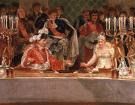


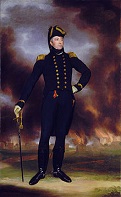
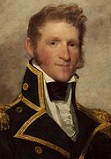
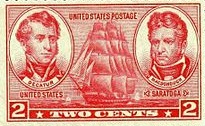

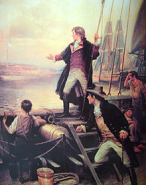

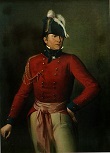
















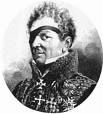











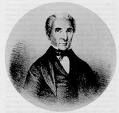











1814 On Jan. 6 after a short winter campaign by the allies Denmark, bankrupted by the Napoleonic wars breaks with Napoleon and offers Norway to Sweden in exchange for Western Pomerania and Rugen (Rügen); on Jan. 14 the Treaty of Kiel makes Norway an independent kingdom in union with Sweden; Denmark makes peace with Britain; Christian Frederick of Denmark is elected king of Norway; meanwhile optimistic Napoleon (who lost 500K irreplaceable troops last year and can scrounge up only 120K total now) plans the defense of bankrupt France in St. Cloud, facing the 110K-man Silesian army under Blucher coming in from the N and the 210K-man Bohemian army under Karl Philipp, prince of Schwarzenberg coming in from the S, with another 100K-man army under Prince Bernadotte staying in the Netherlands. On Jan. 22 the first Knights Templar Grand Encampment is held in New York City. On Jan. 26 sawed-off Edmund Kean (1787-1833) debuts as Shylock at Drury Lane Theatre in London, becoming an instant hit. On Jan. 29 Napoleon surprises the Russian-Prussian army under Gen. Blucher at the Battle of Brienne, but the allies regroup and defeat him on Feb. 1 at the Battle of La Rothiere; too bad, the allies then split up their combined army into two columns because of supply problems, giving Nappy the chance to divide and conquer them as they head for Paris using his 70K-man army and his chess-playing skills, heading first for the Chateau de Vincennes, an arsenal containing 52K rifles, 100+ field guns plus gunpowder, cannonballs and bullets, deefnded by French Gen. Pierre Yrieix Daumesnil (1776-1832), who since 1809 has been known as "jambe de bois" for his wooden leg, who tells them "I shall surrender Vincennes when I get my leg back" (Je rendrai Vincennes quand on me rendra ma jambe), holding off the Coalition troops with 300 men until Louis XVIII orders them to retreat. On Feb. 1 the Mayon Volcano in Luzon Island, Philippines erupts, killing 1.2K. On Feb. 8 the 2nd Battle of the Mincio River (first in 1800) in Italy 8 mi. S of Peschierra sees 34K French-Italian troops led by Eugene Rose de Beauharnais (1781-1824) (son of Nappy's wife Josephine by her hubby Vicomte de Beauharnais) fight 32K Austrians under field marshal Count Heinrich Joseph Johannes von Bellegarde, Viceroy of Lombardy-Venetia (1756-1845), becoming a push. On Feb. 10 Philly-born Princeton-educated Richard Rush (1780-1859) (son of late DOI signer Benjamin Rush) becomes U.S. atty. gen. #8 (until Nov. 12, 1817). On Feb. 10-15 as the Sixth Coalition closes in on Paris, the Six Days Campaign sees Napoleon win a quick string of Vs, starting at the Battle of Champaubert (E of Paris) (Feb. 10) (Prussian and Russian), then the Battle of Montmirail (Feb. 11) (Prussian and Russian), the Battle of Chateau-Thierry (Feb. 12) (Prussian), and the Battle of Vauchamps (Feb. 14-15) (Prussian and Russian). On Feb. 17 Napoleon defeats the allies at the Battle of Mormant (Feb. 17), the Battle of Nangis (25 mi. SW of Paris) (Feb. 17), the Battle of Montereau (Feb. 18), and the Battle of Mery (Méry) (Feb. 21), causing them to fall back; too bad, he begins to run out of gas, giving them time to regroup, while he makes a mistake of getting too cocky? On Feb. 21 the Great Stock Exchange Fraud (Hoax) of 1814 begins after a bogus colonel appears in England announcing the defeat of Napoleon, causing stocks to soar until the govt. nixes the hoax by the afternoon; Radical MP and rear adm. Thomas Alexander Cochrane, 10th Earl of Dundonald (1775-1860) (AKA the Sea Wolf for his Napoleonic War exploits) et al. are convicted and sentenced to one year, a £1K fine, and public pillorying, and Cochrane is booted from the Royal Navy, protesting his innocence, finally getting a pardon in 1832; his pillorying is skipped for fear that his supporters might riot, and they reelect him to Parliament and pay his fine, considering it all a political dirty trick. On Feb. 27 the Austrians under Karl Philipp, prince of Schwarzenberg defeat the French under Etienne Jacques Joseph Alexandre MacDonald at the Battle of Bar-sur-Aube. On Mar. 7 37K French under never-say-die Nappy win a V against 90K Prussians under Blucher in the Battle of Craonne on the Chemin des Dammes, causing them to withdraw toward Laon, where they make their stand on a hill with steep slopes giving them a defensive advantage, defeating cocky Nappy on Mar. 9-10 at the Battle of Laon, leaving Nappy knowing his crayons are lying in ruins, and he's shrunk from Emperor to Little Corporal again? On Mar. 9 the Congress of Chatillon, led by Prince Paul Anthony Esterhazy of Galantha (1786-1866) offers Napoleon the French frontier of 1792, but when the prick won't admit defeat it falls through, and on Mar. 9 the allies (Britain, Austria, Prussia, Russia) sign the Treaty of Chaumont, preventing a separate peace, and promising to fight together to stop France later if it ever gets too powerful again; under the influence of his son and of Marshal Wrede, Bavarian king (since 1806) Maximilian I Joseph turns against France. On Mar. 12 after Joachim Murat deserts his brother-in-law Napoleon and joins the allies, allowing him to invade France from the S, inciting Bourbon sentiment along the way, Wellesley captures Bordeaux. On Mar. 12 a 13.4K-man Prussian-Russian army under French emigre Russian gen. Guillaume Emmanuel Guignard, Vicomte de Saint-Priest (b. 1776) takes Reims, pissing-off Napoleon, who heads E with 20K-25K troops and defeats them on Mar. 13 in the Battle of Reims, killing 2.7K, taking 5K POWs, and mortally wounding Saint-Priest, causing him and his remaining troops to retreat back to Laon, where he dies on Mar. 29. On Mar. 20-21 after the Allies figure out that Nappy's a paper tiger and mount their final push towards Paris, Napoleon and his 20K-28K remaining troops are defeated by 43K-80K Austrians under field marshal Karl Philipp, prince of Schwarzenberg at the Battle of Arcis-sur-Aube, with 3K French casualties, becoming Big N's next-to-last battle before abdication and exile to Elba. On Mar. 25 the Battle of La Fere-Champenoise (Fère-Champenoise) is another D for the French under Gen. Auguste Marmont, and a V for the allies under Karl Philipp, prince of Schwarzenberg. On Mar. 26 the Battle of Saint-Dizier sees Napoleon and his 30K-34K remaining troops defeat 10K Russian mostly cavalry troops under Gen. Ferdinand Wintzingerode, becoming Nappy's last V before abdicating. On Mar. 27 U.S. troops under Gen. Andrew Jackson defeat the Creeks at Horseshoe Bend in N Ala., causing the Creeks to sue for peace, which is granted only after they surrender more than half of their ancient territory; 6'6" 3rd Lt. Sam Houston (who returned to Maryville, Tenn. in 1812), suffering from a Creek arrow sticking out of his left thigh, leads a charge and gets two bullets in his right shoulder, only one of which is removed by the doctor, who thinks he will die; he recovers with the lead ball in a wound which never heals, and becomes Jackson's lifelong friend; Jackson supervises the mutilation of 800+ Creek corpses, incl. men, women and children, cutting off their noses to count them, and tanning long strips of flesh to make bridle reins? On Mar. 29 the First Battle (Disaster) of Cancha Rayada is a V for the Spanish over the rebels. On Mar. 30 U.S. forces under Maj. Gen. John Wilkinson invade Canada, but are turned back at the Battle of Lacolle Mills. Depression can turn you into a person you don't recognize? On Mar. 30-31 after traitor French marshal Auguste Marmont, Duke of Ragusa abandons the strategic defensive position of Essonne and surrenders his 20K regular troops without a fight, 100K allied troops under Tsar Alexander I, Austrian gen. Karl Philipp, prince of Schwarzenberg, Frederick William III of Prussia, and Russian gen. Michael Andreas Barclay de Tolly defeat the last 30K French troops (nat. and imperial guards) under Joseph Bonaparte at the Battle of Paris (for which Tolly is promoted to field marshal, and Marmont to peer of France after the Bourbon restoration), and the Senate, incl. his loyal buddy (pres. of the council of regency) Duc de Cambaceres declares that Napoleon and his family have forfeited the throne, causing Napoleon to issue the soundbyte: "Marmont me porte le dernier coup" (Marmont has given me the fatal blow); as Russian troops march down the Champs Elysees, Nappy tries to summon what's left of his army to relieve Paris, but his marshals balk at assaulting and defacing the cool city just so he can give his infant son the cruddy throne; although Marmont becomes a big man in Bourbon France, the French people forever consider him a traitor, causing the word "raguser" to be coined for traitor; on Mar. 30 the Russians occupy Montmartre Hill in Paris, and open a bistro, starting a fashion. Able was I ere I saw Elba? On Apr. 6 French emperor (since May 18, 1804) Napoleon I abdicates at Fontainebleau, and on Apr. 11 is ordered to exile on the island of Elba (site of ancient Etruscan iron mines) as a sovereign principality with an annual income of 2M francs, with his wife Marie Louise von Hapsburg given the duchies of Parma-Piacenza, and Guastalla in Emilia-Romagna, Italy (until 1847); both retain their imperial titles; on Apr. 20 Nappy gives a hurry-hurry-before-I-lose-control Farewell Speech to the Old Guard, and arrives on Elba on May 4; meanwhile in Aug. Austrian diplomat-gen. Adam Albert von Neipperg (1775-1829) is instructed to escort Marie Louise to Aix-les-Bains to take the waters, but actually to prevent her from joining her hubby Nappy, and after uttering the soundbyte: "In six weeks I will be her best friend and in six months her lover", he accomplishes his mission, and ends up marrying her 4 mo. after Napoleon dies in 1821. On Apr. 10 the Battle of Toulouse sees the French under Marshal Soult dig in and bloodily defend Toulouse, causing Wellington to pull back to reorganize, allowing them to escape, after which Wellington enters the city on Apr. 12 to an open celebration by a fifth column of French royalists; the same afternoon the news of Napoleon's abdication reaches Wellington and Soult, who agree to an armistice on Apr. 17, ending the Peninsular War (begun May 2, 1808) after 5 years, 11 mo., 2 weeks, and 1 day. On Apr 23 Count Charles of Artois signs an armistice with the Allies. On Apr. 26 Louis XVIII lands in Calais from England to take up his hereditary throne; Pierre Samuel du Pont de Nemours (1739-1817), pres. of the Paris Chamber of Commerce becomes secy. of the provisional govt. preparing for Louis' return, pissing-off Napoleon; Louis Philippe, duc d'Orleans returns from exile, and is restored to the Orleans estates, but his liberal views piss-off the French House of Peers, causing him to return to exile in 1816 - someday when I'm alone, when the world is cold, I will feel the glow just thinking of you and the way you look tonight? On May 3 after a few military Vs, the Treaty of Lircay in Chile is signed by Bernardo O'Higgins; on July 23 Jose Miguel Carrera stages a coup in Santiago, but O'Higgins refuses to recognize him, and they battle on Aug. 26, agreeing to give up and join forces after hearing of a royalist expedition under Gen. Mariano Osorio (1777-1819) (gov. of Chile in 1814-15) on the way. On May 5 the British attack Ft. Ontario in Oswego, N.Y. On May 20 Victor Emmanuel I returns with his royal family to Turin, and the Shroud of Turin (Christ) is publicly shown for the first time since 1775. On May 25-27 the Battle of Ft. George becomes the first U.S. V on the Niagara front. Yet another Treaty of Paris (last in 1812, 1810, July 1806, May 1806, 1802, 1796, 1784, 1783...)? On May 30 the 1814 Treaty of Paris is signed by France and the Sixth Coalition, contracting France to its 1792 boundaries, incl. Avignon, Venaissin, Belgium, and parts of Savoy and Germany; France recognizes the independence of the Netherlands, the German and Italian states, and Switzerland; Britain restores the French colonies except Tobago, St. Lucia, the sugar island of Mauritius, and Malta (along with Cape Province), all of which are formally ceded; the island of Diego Garcia becomes a dependency of Mauritius (until 1965); the Spanish regain title to the Dominican Repub.; the Confederation of the Rhine is kaput; France promises to end its slave trade, and the allies abandon claims to idemnity. In May the Gurkha (Gorkha) (Anglo-Nepalese) War begins (ends Mar. 6, 1816) when 12K Gurkhas in Nepal begin a war with 22K men of the British East India Co. under Warren Hastings, former gov.-gen. of India, introducing Brits to the curved Kukri knife. On June 4 with the assistance of Talleyrand ("a pile of shit in a silk stocking" - Napoleon), Louis XVIII (1755-1824), brother of Louis XVI is restored to the throne of France (until Sept. 16, 1824), and at Talleyrand's urging issues a new Charter in an attempt to convince the people that the work of the French Rev. is not being undone - I thought you were the master of everything? On June 15 Venezuelan royalists under Jose Tomas Boves defeat Simon Bolivar's army in the Battle of Puerto Cabello (a key port city) with 650 total casualties; Boves is KIA but the royalists go on to take Caracas, and Bolivar flees to Tunja, capital of Nueva Granada, where he is put in command of a rev. army, which he leads in the liberation of (Santa Fe de) Bogota. On June 21 the secret Eight Articles of London (London Protocol) creates a unified kingdom of the Netherlands, incl. Holland and Belgium, meant to serve as a butter against France. On July 3 the Americans capture Ft. Erie in Canada, then stop the invading British and Canadians on July 5 at the Battle of Chippewa in Ontario. On July 19 the British capture Prairie du Chen in Wisc., becoming the first U.S. loss of the war. On July 22 Tecumseh's death the year before leads the Northwest (Wyandot) Indians to make peace with the U.S. in the Treaty of Greenville. On July 25 (5 p.m.) the indecisive but most bitterly contested battle of the War of 1812, the Battle of Lundy's Lane (Bridgewater) (Niagara) begins after 1.2K U.S. troops under Gen. Winfield Scott advancing toward Queenston unexpectedly encounter 2.8K British troops at the head of Lundy's Lane in Canada 1 mi. from Niagara Falls, and withstand their fire until another 2.7K U.S. troops under Gen. Jacob Brown arrive from Chippewa 3 mi. away, the battle continuing until midnight, with both U.S. generals wounded; when the Brits finally retire with 86 KIA, 559 wounded, and 42 taken POW, the Americans feel like they won even though they suffer 171 KIA, 571 wounded, and 110 missing, and the Brits soon recapture the field and a captured battery of guns - sounds like the 2003 Iraq War? On Aug. 7 Pope Pius VII, having returned to Napoleon-free Rome and restored the Inquisition, universally reestablishes the Jesuit Order - like they said, "we'll be baaaack"? On Aug. 8 peace negotiations between Britain and the U.S. open in Ghent in East Flanders, Belgium; on Dec. 24 (as Xmas dinner is cooking?) the Treaty of Ghent between Britain and the U.S. (negotiated by John Quincy Adams) is concluded, but does not reach the U.S. until after the Jan. 8, 1815 Battle of New Orleans; it restores the status quo ante, returning all captured territory to the original owner before the war - it came and ghent? On Aug. 13 the Treaty of London-Netherland stops the transportation of slaves. Washington, D.C. is sacked and burned by cocky British brutes? In early Aug. the British fleet attempts to create a diversion for their northern invasion forces by entering Chesapeake Bay, landing 4.5K troops in Benedict, Md. (40 mi. from Washington) on Aug. 19, and on Aug. 24 routing a hastily assembled U.S. force at the Battle of Bladensburg (the first time a U.S. pres. personally leads troops into battle until ?); at night a British force commanded by cocky burner Rear Adm. Sir George Cockburn, 10th Baronet (1772-1853) marches into undefended Washington, D.C., and some British officers eat a meal prepared for Pres. and Mrs. Madison, who had fled with the 7K soldiers and 400 soldiers to Virginia (Dolley Madison remembers to have the Declaration of Independence packed up and sent to safety, along with the Gilbert Stuart portrait of Pres. George Washington); they then enter and burn every public bldg. in Washington, D.C. (White House, Capitol, Library of Congress, etc.), except the Patent Office, and capture the city on Aug. 25, but a "most tremendous hurricane" (tornado?) arrives suddenly, followed by a thunderstorm, which first compounds the damage then puts out the fires, causing the Brits to withdraw to attack heavily-defended Baltimore after Cockburn orders a newspaper publishing house destroyed, with the immortal soundbyte: "Be sure that all the C's are destroyed so that the rascals cannot any longer abuse my name", Cockburn's portrait standing in front of burning Washington, D.C. is printed weeks later in London; in the fall the U.S. Congress meets in the Patent Office; next Feb. Congress appropriates restoration funds, and the bldgs. are rebuilt by 1819; the burned President's Mansion is painted white, becoming the White House (not called that until the Theodore Roosevelt admin.); the Library of Congress is restocked with 6.5K books from Thomas Jefferson's library. The turning point of the War of 1812 is a V by the infant U.S. Navy over the veteran British Navy? On Sept. 11 U.S. Navy Capt. (Master-Commandant) Thomas Macdonough Jr. (1783-1825) scores a V at the naval Battle of Plattsburg Bay (Lake Champlain) on Lake Champlain after his fleet of four ships and 10 rowing galleys anchored across the mouth of Plattsburg(h) Bay, manned by 5K Yankees and Green Mountain boys defeat four British ships, 12 rowing galleys, and 14K British "myrmidons" and capture their flotilla, denying the British control of the lake and allowing the Americans to turn back their 2nd big invasion force under Gen. Sir George Prevost; Pres. Theodore Roosevelt later calls him "the greatest figure in our naval history down to the time of the Civil War"; in 1937 after urging by Pres. Franklin D. Roosevelt, a 2-cent postage stamp is issued featuring Macdonough and Stephen Decatur. The U.S. gets its national anthem when a battered flag becomes a symbolic star of hope? On Sept. 12 the Battle of North Point is fought near Baltimore as the British attempt to deal a death blow to whimpy America, but instead encounter 13K soldiers fortifying the heights behind the city on an island in Baltimore harbor, incl. 1K men at military prison Ft. McHenry, named after DOI signer and 1796-1800 secy. of war (pres. of the Baltimore Bible Society) James McHenry (1753-1816); on Sept. 12 Irish-born British CIC of North Am. maj. gen. Robert Ross of Bladensburg (b. 1766) (in charge of invading Washington, D.C.) is KIA by snipers; on Sept. 13 Washington atty. Francis Scott Key (1779-1843) visits the British fleet in Chesapeake Bay to secure the release of Dr. William Beanes (1749-1828), who had been captured following the burning of Washington; the release is secured, but Key is detained on the British ship HMS Minden (bearing the flag of truce) overnight during the British bombardment of Ft. McHenry; the next morning (Sept. 14) Key is delighted to see the U.S. flag still flying over the fort, and writes the 4-verse poem The Star-Spangled Banner, AKA Defense of Fort M'Henry, which is pub. on Sept. 21 in The Baltimore American, coining the term "star-spangled banner"; the first verse "Oh, say can you see... the home of the brave" is 80 words long; later it is sung to the English drinking song To Anacreon in Heaven by British composer John Stafford Smith (1750-1836), and in 1931 Congress adopts it as the U.S. nat. anthem; after unsuccessfully bombarding Ft. McHenry on the night of Sept. 13-14, the British fleet abandons its campaign, and in Oct. sails for Jamaica. On Sept. 14 the Filiki Eteria (Friendly Society) is formed is founded in Odessa by three Freemason traders, going on to plan the 1821-9 Greek War of Independence; the HQ is in the house of leader Alexandros Ipsilantis in Chisinau, Moldova. On Sept. 15 the Congress of Vienna of the winning powers opens (ends June 9, 1815), with the four major allied powers calling the shots, Prince Klemens Wenzel von Metternich (1773-1859) (chmn.) for Austria, Prince Karl August von Hardenberg (1750-1822) and Friedrich Wilhelm Christian Karl Ferdinand von Humboldt (1767-1835) for Prussia, Robert Stewart, Viscount Castlereagh (1769-1822) and Field Marshal Arthur Wellesley, 1st Duke of Wellington (1769-1852) for Britain, and tsar (1801-25) Alexander I (1777-1825) and his advisers for Russia; Cardinal Ercole Consalvi (1757-1824) represents the papacy; Talleyrand tries to gain admission but fails until the issue of Poland and Saxony leads to the brink of war; most of the negotiations are conducted during nightly parties, becoming known as "diplomacy through entertainment"; German Roman Catholic priest Friedrich Ludwig Zacharias Werner (1768-1823), who started out as a Romantic poet then converted in 1811 is ordained as a priest, and stations himself in Vienna, giving fanatical sermons to crowded congregations, using the example of the lavish parties as proof they are sinners. On Sept. 26 the 7-gun 90-man U.S. privateer General Armstrong, captained by Conn.-born Samuel Chester Reid (1783-1861) is attacked at Fayal in the Azores by three British vessels manned by 2K men, and the attack is repulsed with 300 British casualties to two U.S. KIA and seven wounded, but to escape capture he has to scuttle the ship, which prevents the British ships from reaching New Orleans in time to join the British attack against Jackson. On Oct. 1-2 after Jose Miguel Carrera reneges on attacking the enemy in the rear, the Disaster (Battle) of Rancagua (50 mi. S of Santiago) sees Chilean rebel forces trying to block access to Santiago defeated by Spanish royalists under brig. gen. Mariano Osorio on the streets of Rancagua; on Oct. 3 Bernardo O'Higgins gets past the royalist troops and retreats to Santiago with only 300 of 1.9K troops remaining, and the royalists soon take it, causing O'Higgins and other patriot leaders to flee to Argentina, after which the royalists set up a harsh reconquista rule. On Oct. 5 Federalists in the Mass. legislature vote to hold a convention of New England states to plan independent action vis a vis the war, which is cramping their lifestyle. On Oct. 17 a 320K-gal. vat in the Mieux and Co. Brewery of Richard Meux in St. Giles, London, England erupts, killing eight people in the tidal wave "by drowning, injury, poisoning by porter fumes, or drunkenness." In Nov. Andrew Jackson invades Spanish Fla. without authorization and takes Pensacola to end British intrigues there, then returns to erect defenses on the approaches to New Orleans. In Nov a large British fleet carrying 7.5K veteran troops commanded by Maj. Gen. Sir Edward Michael Pakenham (1778-1815) (pr. PAYK-en-ham), replacement for Gen. Robert Ross (b. 1766) (KIA on Sept. 12 by a sniper) as CIC of the British Army of North Am. sails from Jamaica for New Orleans in an attempt to seize control of the Mighty Mississippi River, and on Dec. 15 enters Lake Borgne, E of New Orleans, while Gen. Andrew "Andy" Jackson declares martial law and conscripts a motley army to defend the city, attacking a British advance party on Dec. 23 at the Villere plantation 8 mi. S of New Orleans, then withdrawing 2 mi. N to modern-day Chalmette, establishing a 1-mi.-long defensive line in a dry irrigation canal running from the Mississippi to a cypress swamp; on Dec. 26 the British attack Jackson's 5K men but are turned back by his 12 batteries of artillery. On Dec. 15 the Hartford Convention (ends Jan. 4, 1815), attended by 26 New England Federalist delegates from Mass., R.I., Conn., Vt., and N.H., led by Harrison Gray Otis (1765-1848) of Mass. who are alarmed at the prospect of the U.S. allying with Napoleon against the British and crippling trade, and who are given the name "Blue Light Federalists" for their practice of using signal lamps to warn British ships when U.S. blockade runners are around raises the specter of secession from New Englanders suffering economic ruin from "Mr. Madison's War"; moderates prevail, and instead of secession they propose several constitutional amendments (two-thirds majority in Congress to approve embargoes, war declarations, and admission of new states; single terms for U.S. pres.; repeal of the three-fifths rule for slave states; 60-day limit for commercial embargoes; use of federal taxes collected within a state's boundaries for its own defense; state veto of military conscription), with the threat of secession if they are ignored; too bad, the war ends before their messengers reach Washington, and the Federalist party is now stamped with the stink of disloyalty and provincialism from which it never recovers. On Dec. 26/27 Devon, England-born religious prophetess Joanna Southcott (b. 1750) dies 10 days after announcing to the world that she is a pregnant virgin about to give birth to "Shiloh" (Gen. 49:10), after which the world will end and only her followers will be saved, and being examined by 21 doctors at her home on Winchester St., Marylebone, 17 diagnosing her as preggers; she originally fixed the date as Oct. 19; too bad, Shiloh doesn't show up, but MF has a long half-life, so she leaves a sealed locked box containing her prophecies of the end of the world, and her 100K Southcottians are fair game for new prophetesses such as Helen Exeter (-1914), who announces that Shiloh will come in 1914, but drowns early that year; in 1919 the well-endowed Panacea Society is founded in Bedford, England by Mabel Barltrop, who takes the name Octavia and claims to be the Big S, and recruits 12 female apostles called the Community of the Holy Ghost, but later backs off and claims that Southcott's Box contains the secret date for Shiloh's return, but can only be opened in the presence of all the bishops of England, and after enjoying their income and assets for decades knowing they're safe, in 1997 they place newspaper ads begging them to take their dare (to keep their tax exemption?); one box opened in 1927 in the presence of the Anglican bishop of Grantham contains a lottery ticket and horse pistol, so it is claimed to be the wrong box. Another Indian-Creole revolt in Peru is crushed by the Spanish. The Spanish gov. of Uruguay is driven from Montevideo, and the Banda Oriental (Eastern Shore) del Uruguay is founded; Gen. Jose Gervasio Artigas becomes known as the Father of Uruguayan Independence, although all he wanted was to forge a federation that incl. Big U as the eastern province? Gen. William Henry Harrison presents a silver peace pipe to the Delawares for their help against the British in the war, then resigns from the army to enter an obscure 20-year career in politics and diplomacy, culiminating in the post of country recorder in Ohio in 1834. Pres. Madison appoints James Monroe as U.S. secy. of war (until 1815), remaining secy. of state also; Madison appoints Alexander James Dallas (1759-1817) as U.S. treasury secy. (until 1816). Arthur Wellesley is granted the title of Duke of Wellington. The grand duchy of Tuscany is reinstated, with Ferdinand III (exiled since 1799) back in as grand duke (until 1824). The 1563 English Statute of Apprentices is repealed. The French legislature passes a law prohibiting abortion except "when it is necessary to preserve the life of the mother when that is gravely threatened"; it remains on the books for 162 years (untl 1978). German Village is founded outside Columbus, Ohio. Daniel Boone's claim to his land near St. Louis, Mo. is confirmed by the U.S. Congress in recognition of his services as explorer and settler - and he fought for America to make all Americans free? Gabriel Franchere (1786-1842), a survivor of the 1811 Tonquin massacre crosses Athabaska Pass, causing British fur brigades to begin crossing along the Athabaska Trail twice yearly. Gov. Miles Macdonnell of the Scottish settlement in Canada demands licenses for fur traders, causing the North-West Co. to lure away many of the colonists to Upper Canada, drive the refugees to the shores of Lake Winnipeg, and demolish the settlement. Emma Hart Willard (1787-1870) opens Middlebury Female Seminary in Vt., becoming the first in the U.S. where they can go beyond the 8th grade; in 1821 she opens Troy Female Seminary in N.Y., where the male chauvinists are shocked by the teaching of algebra, trig, science, and even higher math to future barefoot-pregnant wives and mothers - Janet Jackson' s "Rhythm Nation 1814" is only 176 years ahead? Monocles become fashionable among the upper classes of Vienna. The Church Missionary Society establishes a station in New Zealand, followed by the Pacific islands. George Washington's whiskey distillery, one of the most successful in the U.S., making 11K gal. a year burns down. St. Margaret's in Westminster, London is the first district to be illuminated by gas, produced in the Great Peters St. works and supplied via 26 mi. of underground mains. German Lutheran separatists found New Harmony, Ind., an experiment in communal living, which they sell in 1825 to Robert Owen and William Maclure, who attract intellectual luminaries to it before its religious-based communism collapses. Greek Christians found the Philike Hetaeria (Gr. "friendly assoc."), a secret society to work for Greek independence, collecting money and arms and stockpiling them in the Balkans and E Mediterranean. The ghastly Head of Oliver Cromwell is bought for £230 by Josiah Henry Wilkinson, still fastened to a pole, with one ear torn off by the bungling executioner, and the famous wart over the left eye intact; the head is finally buried on Mar. 25, 1960 near a chapel in Cambridge, where he was a "fellow commoner" in 1616-7. Charles Dunoyer (1786-1862) and Charles Comte found Le Censeur to promote liberal economic ideas; it folds in 1815, and in 1817-19 they put out "Le Censeur Europeen"; Dunoyer goes on to have a 25-year collaboration with Auguste Comte, while Auguste Comte's relationship with Comte de Saint Simon has its ups and downs? Sandalwood trees become extinct in the Marquesas. The first Hebrew Bible printed in North Am. is pub. by William Fry of Philly. Sports: The 1 mi. 1,000 Guineas Stakes horse race for fillies on the Rowley Mile in Newmarket, England is founded in Apr. Architecture: The Konigsberg (Königsberg) Observatory in Germany is completed, with Friedrich Wilhelm Bessel (1784-1846) as dir. #1. Sir Thomas Stamford Raffles rediscovers the early 9th cent. Buddhist Borobudur Temple in C Java; the site is cleared in 1835; in 1896 the Dutch govt. gives away eight containers of stones and artificts to the king of Siam; another restoration program in 1973-84 turns it into a destination site for Buddhist pilgrims; an Islamic terrorist causes minor damage with a bomb attack on Jan. 21, 1985. Inventions: Francis Cabot Lowell (1775-1817) of Waltham, Mass. opens the world's first factory capable of converting raw cotton into cloth via power machinery housed within a single bldg., and finances it by floating $1K worth of stock to the public; when 27.5% dividends are paid in 1822, the idea catches on; he also becomes one of the first to employ women. J.N. Maelzel of Vienna invents the metronome. English meteorologist Sir Francis Ronalds invents an electronic semaphore telegraph system; too bad, Viscount Melville, lord of the admiralty turns it down for govt. use, and it fizzles. The copper percussion cap rifle is invented by British immigrant Joshua Shaw (1776-1860) in Philadelphia, Penn. The first practical steam locomotive is built by George Stephenson (1781-1848) at Killingworth Colliery near Newcastle, England. Science: Bavarian optician Joseph von Fraunhofer (1787-1826), after deciding that he can make better optical glasses if he can define the colors in light more accurately improves on Isaac Newton's old prism-slit-lens apparatus by adding a theodolite telescope behind the prism, not only confirming William Wollaston's 1802 observation of a dark line spectrum in sunlight, but discovering 700 different weak and strong vertical dark Fraunhofer Lines in the spectrum, launching the science of Spectroscopy; use of the lines provides the first precise measure of dispersion in optical glasses. Nonfiction: Antoine Beauvilliers (1754-1817), L'Art du Cuisinier (2 vols.); 2nd ed. 1821. Asher Benjamin (1773-1845), The Rudiments of Architecture: Being a Treatise on Practical Geometry, on Grecian and Roman Moulding; Also, on the Origin of Building, on the Five Orders of Architecture. Jons Jakob Berzelius (1779-1848), Theory of Chemical Proportions and the Chemical Action of Electricity; a dualistic electrochemical theory to account for electrolysis and chemical combination; suggests using letters as abbreviations for the elements in chemical formulas, e.g., H2O. Jean Louis Burnouf (1775-1844), Methode pour Etudier la Langue Grecque; boosts classical studies in France. Lorenzo Dow (1777-1834), History of a Cosmopolite; or the Four Volumes of the Rev. Lorenzo Dow's Journal, concentrated in One, containing his Experience and Travels from Childhood to 1814 (autobio.); bestselling book in the U.S. after the Bible; Polemical Works. Charles du Fresne, Sieur du Cange (1610-88), Histoire de l'Etat de la Ville d'Amiens, et de ses Comtes (posth.). Francois-Rene de Chateaubriand (1768-1848), De Buonaparte et des Bourbons (Mar. 30); a pamphlet against Napoleon, causing him to have to follow Louis XVIII into exile in Ghent during the Hundred Days of 1815, becoming ambassador to Sweden; Travels in Greece, Palestine, Egypt, and Barbary During the Years 1806 and 1807. Matthew Flinders (1774-1814), General Cahrt of Terra Australis or Australia; based on his voyages in 1801-1803 in ships Norfolk, Cumberland, and Investigator after circumnavigating Van Diemen's Land (Tasmania) in 1798; the first full map of Australia's coastline, incl. first use of the word Australia, causing New South Wales gov. Lachlan Macquarie to propose that the name be formally adopted in 1817, which is agreed to by the British Admiralty in 1824. Washington Irving (1783-1859), Philip of Pokanoket; glorifies Indian chief King Philip (d. 1676). Isaac D'Israeli (1766-1848), Quarrels of Authors. Friedrich Ludwig Jahn (1778-1852), Runenblatter. Louis-Gabriel Michaud (1773-1858), Tableau historique et raisonné des premières guerres de Bonaparte (Historical Outline and Rationale of the First Wars of Bonaparte). M.J.B. Orfila, Toxicologie Generale. Jean Paul (1763-1825), Mars and Phoebus Exchange Thrones in the Year 1814. Friedrich Karl von Savigny (1779-1861), The Claim of Our Age on Legislation (Vom Beruf unserer Zeit fur Gesetzgebung und Rechtswissenschaft); protests the proposed hasty codification of German laws. Jean Charles Leonard Simonde de Sismondi (1773-1842), The Literature of the South of Europe. Ethan Smith (1762-1849), A Key to the Figurative Language Found in the Sacred Scriptures. Joanna Southcott (1750-1814), The Sacred Writings of Joanna Southcott; incl. "The Book of Wonders", "Prophecies Announcing the Birth of the Prince of Peace". William Wordsworth (1770-1850), The Excursion; laments the effects of industry in England. Music: Arvid August Afzelius (1785-1871) and Erik Gustaf Geijer (1783-1847), Svenska Folksvisor fran Forntiden (3 vols.) (1814-17); Swedish folk songs. Ludwig van Beethoven (1770-1827), Fidelio, Op. 72 (opera) (final version) (May 23) (Vienna) (his only opera); Eighth (8th) Symphony, Op. 93 (Feb. 27) (Vienna); he conducts while "the orchestra largely ignored his ungainly gestures and followed the principal violinist instead" - only one more symphony to go? John Field (1782-1837), Nocturnes (for piano); turns Chopin on, and the rest is history? Franz Schubert (1797-1828), Der Taucher (Taücher), D77; String Quartet in B flat major, D112; Des Teufels Lustschloss, D84 (first opera); Mass No. 1 in F major, D105 (Oct. 16) (Liechtental Church) (sung by Therese Grob); Gretchen am Spinnrade, D118; his first masterpiece? Art: Antonio Canova (1757-1822), The Three Graces (sculpture) (1814-7). Theodore Gericault (1791-1824), Portrait of a Carabiniere. Francisco de Goya (1746-1828), The Second of May 1808 (Secundo de Mayo); The Third of May 1808 (Tres de Mayo) - soldiers shooting peasants, oh my? Jean-Auguste-Dominique Ingres (1780-1867), La Grande Odalisque au Bain. Jean-Baptiste Isabey (1767-1855), Louis XVIII. Sir Thomas Lawrence (1769-1830), The Congress of Vienna. Poetry: Lord Byron (1788-1824), The Corsair (Feb. 1); based on the pirate Jean Lafitte; sells 10K copies the first day; also Lara, A Tale; pub. anon.; a continuation of "The Corsair"., about Count Lara and his enemy Count Otho, who fight it out on the Scottish border. Robert Southey (1774-1843), Roderick, the Last of the Goths (original title: Pelayo, the Restorer of Spain); his masterpiece?; about 8th cent. Spanish Count Rodrigo, who rapes Florinda, daughter of Count Julian, causing him to change his allegiance to the invading Moors; after being wounded in a battle, Rodrerick flees, then changes his mind and returns to rescue Spanish heir Pelayo from the Moors, meeting Florinda, who reveals that Roderick was innocent, after which he allies with Count Pedro and defeats the Moors, while Count Julian is assassinated by his own allies; a satire of Napoleon's invasions of Europe? Samuel Woodworth (1784-1842), The Heroes of the Lake. William Wordsworth (1770-1850), The Excursion; a lame continuation of "The Prelude"? Novels: Jane Austen (1775-1817), Mansfield Park; the different value systems of London and the country; Fanny Price, the Bertram and Crawford families, Aunt Norris. Fanny Burney (1752-1840), The Wanderer, or Female Difficulties. Adelbert von Chamisso (1781-1838), Peter Schlemihls Wunderbare Geschichte; pub. in England in 1823 as "Peter Schlemihl: The Man Who Sold His Shadow", with illustrations by George Cruikshank. Jakob Friedrich Fries (1773-1843), Julius und Evagoras (first novel); philosophical romance. E.T.A. Hoffmann (1776-1822), Phantasiestucke in Callots Manier (vols. 1-4 of Hoffman's Tales) (1814-15); incl. Don Juan, Ritter Gluck, Das Marchen vom Goldenen Topf (The Golden Pot). Katsushika Hokusai (1760-1849), Manga (vol. 1). Sir Walter Scott (1771-1832), Waverly; his first Romantic historical novel (last 1825); written while living at 39 Castle St. in Edinburgh. Births: Chinese Taiping Rebellion leader Hong Xiuquan (Xichuan) (Hung Hiu-Tsuen) (Hong Huoxiu) (Renkun) (d. 1864) on Jan. 1 in Hua County, Guangdong. Dutch novelist Johannes Kneppelhout (AKA Klikspaan) (d. 1885) on Jan. 8 in Leiden. English "East Lynne" novelist Ellen Price (Mrs. Henry) Wood (d. 1887) on Jan. 17 in Worcester. French Gothic revival architect Eugene Emmanuel Viollet-le-Duc (d. 1879) on Jan. 27 in Paris. Scottish geologist Sir Andrew Crombie Ramsay (d. 1891) on Jan. 31 in Glasgow; uncle of Sir William Ramsay (1852-1916). Am. writer-abolitionist Rev. Henry Theodore Cheever (d. 1897) on Feb. 6 in Hallowell, Maine; educated at Bowdoin College. Am. Roman Catholic priest (founder of U. of Notre Dame) Father Edward Frederick Sorin (d. 1893) on Feb. 6 in Ahuille (near Laval), France; emigrates to the U.S. in fall 1841. Am. publisher George Palmer Putnam (d. 1872) on Feb. 7 in Brunswick, Maine; father of George Haven Putnam (1844-1930), John Putnam, Irving Putnam, and Dr. Mary Putnam Jacobi; partner of John Wiley. Am. Dem. politician Samuel Jones Tilden (d. 1886) on Feb. 9 in Lebanon, N.Y. German celeb Johanna Bertha Julie "Jenny" Freiin von Westphalen (d. 1881) on Feb. 12 in Salzwedel; wife (1843-) of Karl Marx (1818-83). Am. nitrous oxide showman Gardner Quincy Colton (d. 1898) on Feb. 17 in Georgia, Vt. Am. Colo. gov. #2 (1862-5) and physician (cofounder of Northwestern U.) (Methodist) John Evans (d. 1897) on Mar. 9 near Waynesville, Ohio; educated at Cincinnati College; father-in-law of Samuel Hitt Elbert (1833-99). Ukrainian poet ("Founder of Ukrainian Literature") Taras Shevchenko (d. 1861) on Mar. 9 in Moryntsi. U.S. Sen. (R-N.J.) (1859-65) John Conover Ten Eyck (d. 1879) on Mar. 12 in Freehold, N.J. Am. humorist George Washington Harris (d. 1869) Mar. 20 in in Allegheny County, Penn. Scottish "Cheer, Boys, Cheer" poet-journalist-songwriter Charles Mackay (d. 1889) on Mar. 27 in Perth; father of Marie Corelli (1855-1924). Am. power loom inventor (co-founder of MIT) Erastus Brigham Bigelow (d. 1879) on Apr. 2 in West Boylston, Mass. Am. Mormon pres. #5 (1898-1901) Lorenzo Snow (d. 1901) on Apr. 3 in Mantua, Ohio. Am. historian-diplomat John Lothrop Motley (d. 1877) on Apr. 15 in Dorchester, Mass.; educated at Harvard U. English philanthropist Baroness Angela Georgina Burdett-Coutts (d. 1906) on Apr. 24; daughter of Sir Francis Burdett (1770-1844); granddaughter of banker Thomas Coutts (1735-1822). Austrian-Bohemian statesman Karl Wilhelm Philipp von Auersperg, 8th Prince of Auersperg (d. 1890) on May 1 in Prague. German physicist Johann Heinrich Wilhelm Geissler (d. 1879) on May 26 in Igelshieb, Thuringia, Saxe-Meiningen. Russian rev. anarchist Mikhail Alexandrovich Bakunin (d. 1876) on May 30 (May 18 Old Style) in Pryamukhino; born in a noble family, he goes radical in 1835, travels to Dresden and Paris, where he meets Karl Marx, George Sand, and Pierre-Joseph Proudhon, and is declared an outlaw by the tsar in 1844. English novelist-playwright Charles Reade (d. 1884) on June 8 in Ipsden House, Oxfordshire. Am. "Mrs. Partington" humorist Benjamin Penhallon Shillaber (d. 1890) on July 12 in Portsmouth, N.H. Am. inventor and munitions king Samuel "Sam" Caldwell Colt (d. 1862) on July 19 in Hartford, Conn. Filipino religious leader Apolinaro de la Cruz (Hermano Pule or Puli) (d. 1841) on July 22 in Lucban, Tayabas Province. English naval lt. Henry Gordon Veitch (d. 1863) on July 29; grandfather of Noel Coward (1899-1973). Swiss baby formula inventor Henri (Heinrich) Nestle (Nestlé) (Ger. "small bird's nest") (d. 1890) on Aug. 10 in Frankfurt am Main, Germany; emigrates to Switzerland in 1834-9. Am. Civil War Confed. Gen. John Clifford Pemberton (d. 1881) on Aug. 10 in Philadelphia, Penn.; his Va.-born wife helps him decide to switch to the rebel side? Am. Southern pro-slavery Fire-Eater secessionist leader ("the Orator of Secession") William Lowndes Yancey (d. 1863) on Aug. 10 in Warren County, Ga. Swedish astronomer-physicist Anders Jonas Angstrom (Ängström) (d. 1874) on Aug. 13 in Logdo (Lögdö), Medelpad; educated at the U. of Uppsala; prover of the existence of hydrogen in the Sun. Am. Roman Catholic archbishop of Baltimore #8 (1872-7) James Roosevelt Bayley (d. 1877) on Aug. 23 in New York City; son of Columbia U. prof. Richard Bayley; nephew of Mother Elizabeth Ann Seton; distant relation of Pres. Theodore Roosevelt and FDR; raised a Protestant; educated at Washington College, and St. John's College; baptised Roman Catholic on Apr. 19, 1842 after conversion by Father John McCloskey. Am. Mormon leader Granville Hedrick (d. 1881) on Sept. 2 in Woodford County, Ill.; father of James A. Hedrick (1866-1926). English mathematician (Jewish) (founder of the Am. Journal of Mathematics) (inventor of the discriminant) (namer of Euler's totient function psi) James Joseph Sylvester (d. 1897) on Sept. 3 in London; educated at the U. of London, St. John's College, Cambridge U., and Trinity College, Dublin; student of Augustus De Morgan (1806-71). Canadian PM (1857-62) ("French-Canadian Father of Confederation") Sir George-Etienne Cartier (d. 1873) on Sept. 6 in St. Antoine, Upper Canada; named for George III. English Gothic Revival architect William Butterfield (d. 1900) on Sept. 7 in London. French historian Abbe Charles Etienne Brasseur de Bourbourg (d. 1874) on Sept. 8 in Bourbourg (near Dunkird). Dutch "Camera Obscura" Reformed theologian-writer-poet Nicolaas Beets (AKA Hildebrand) (d. 1903) on Sept. 13 in Haarlem; educated at the U. of Leiden. Prussian diplomat-politician Karl Friedrich von Savigny (d. 1875) on Sept. 19; son of Friedrich Carl von Savigny (1779-1861). French astronomer Herve (Hervé) Auguste Etienne (Étienne) Albans Faye (d. 1902) on Oct. 1 in St.-Benoit-du-Sault (Indre); educated at the Ecole Polytechnique. Am. Pony Express co-founder Alexander Majors (d. 1900) on Oct. 4 in Franklin, Ky.; partners of William Hepburn Russell (1812-72) and William Bradford Waddell (1807-72). French "The Gleaners" Barbizon School realist painter Jean-Francois Millet (d. 1875) on Oct. 4 in Gruchy (near Greville); educated at the Cherbourg Academy of Design; pupil of Paul Delaroche. Am. manufacturer (Jewish) John Moses Brunswick (d. 1886) on Oct. 6 in Bremgarten, Switzerland.; emigrates to the U.S. in 1834. French Roman Catholic archibishop #1 of Santa Fe, N.M. (1875-88) Jean-Baptiste Lamy (d. 1888) on Oct. 11 in Lempdes; subject of Willa Cather's 1927 novel "Death Comes for the Archbishop". Irish Young Ireland leader (Protestant) Thomas Osborne Davis (d. 1845) on Oct. 14 in Mallow, County Cork; Welsh father, Irish mother; educated at Trinity College, Dublin. Russian Romantic poet-novelist ("Poet of the Caucasus") Mikhail Yurievich Lermontov (d. 1841) on Oct. 15 (Oct. 3 Old Style) in Moscow; coulda been a 2nd Pushkin if he'd lived long enough? Guatemalan rev. leader (1839-65) and pres. #1 (1844-8) Jose Rafael Carrera Turcios (d. 1865) on Oct. 24 in Guatemala City. English educator Emily Anne Eliza Shirreff (d. 1897) on Nov. 3; collaborator of Maria Georgina Grey (1816-1906). Belgian saxophone inventor (Freemason) Antoine-Joseph "Adolphe" Sax (d. 1894) on Nov. 6 in Dinant, Wallonia. Am. historian Henry Warren Torrey (d. 1893) on Dec. 14 in Roxbury, Mass.; son of John Torrey and Marcia Otis Warren, daughter of Henry Warren (son of James Warren and Mercy Otis Warren, daughter of James Otis of Barnstable) and Mary Winslow, daughter of Joanna White Winslow (-1829) and Maj. Pelham Winslow (son of Gen. John Winslow and descendant of Gov. Edward Winslow); educated at Harvard U. Am. Civil War Union Maj. Gen. Joseph "Fighting Joe" Hooker (d. 1879) on Nov. 13 in Hadley, Mass.; known for supplying "hookers" (whores) (hos) to his men, and for his big D at Chancellorsville. German physician and physicist Julius Robert von Mayer (d. 1878) on Nov. 25 in Heilbronn; son of an apothecary; educated at Tubingen U. Spanish PM #38 (1869-70) Gen. Juan Prim y Prats, 1st Marquis of Los Castillejos, 1st Count of Reus, 1st Viscount of El Bruch (d. 1870) on Dec. 30 in Reus. Am. landscape architect (Unitarian-Universalist) Horace William Shaler Cleveland (d. 1900) on Dec. 16 in Lancaster, Mass.; educated at the Lancaster School, founded by his parents. U.S. secy. of war (1862-8), U.S. atty. gen. (1860-1) and statesman Edwin McMasters Stanton (d. 1869) on Dec. 19 in Steubenville, Ohio; father is a Quaker physician. Am. Van Camp's Pork and Beans canning co. founder Gilbert C. Van Camp (d. 1900) on Dec. 25 in Brookville, Ind. Russian novelist ("the Russian George Sand") Elena Andreyevna Fadeyeva (AKA Zeneida R-va) (d. 1843); mother of Madame Blavatsky (1831-91). English historian Sir John William Kaye (d. 1876); educated at Eton College. French Minie Ball inventor Capt. C.E. Minie (Minié) (d. 1879). English artist Harry Hall (d. 1882). African-Am. writer William Wells Brown (d. 1884). Belgian mathematician Eugene Charles Catalan (d. 1894). British piano maker John Brinsmead (d. 1898). Deaths: English music historian Charles Burney (b. 1726) on Apr. 12 in Chelsea; gets a tablet in Westminster Abbey. Am. writer Mercy Otis Warren (b. 1728) on Oct. 19 in Plymouth, Mass. Brazilian architect-sculptor Antonio Francisco Lisboa (Aleijadinho) (b. 1730). Am. Rev. leader-jurist (DOI signer) Robert Treat Paine (b. 1731) on May 11 in Boston, Mass. Belgian-born "Prince of Europe" Charles Joseph de Ligne (b. 1735) on Dec. 13 in Vienna; leaves Contes Immoraux (Immoral Tales): "I have six or seven fatherlands, the Empire, Flanders, France, Spain, Austria, Poland, Russia, and nearly Hungary"; "One should despair of nothing, dare everything, push down one's hat - the battle is won." Austrian gen. baron Paul Davidovich (b. 1737) on Feb. 18 in Komarom. French guillotine pusher Dr. Joseph Ignace Guillotin (b. 1738) on Mar. 28; dies a natural death (left shoulder carbuncle), although a Dr. J.M.V. Guillotin of Lyons does get the guillotine. French writer-botanist Jacques-Henri Bernardin de Saint-Pierre (b. 1737) on Jan. 21 in Eragny, Val-d'Oise. French sulptor Clodion (Claude Michel) (b. 1738) on Mar. 28 in Paris. British adm. Arthur Phillip (b. 1738) on Aug. 31 in Bath. French everhard super-horndog Marquis de Sade (b. 1740) on Dec. 2 in Charenton insane asylum; buried in Malmaison (near Epernon); his skull is later removed for phrenological examination; he orders all his unpub. mss burned incl. the multi-vol. "Les Journees de Florbelle" - the future average world citizen? Am. Cincinnati, Ohio co-founder John Cleves Symmes (b. 1742) on Feb. 26 in Cincinnati, Ohio; namesake of Cleves, Ohio. U.S. vice-pres. Elbridge Gerry (b. 1744); his term isn't up until Mar. 3, 1817; 2nd straight veep to die in office. English singer-composer Charles Dibdin (b. 1745) on July 25 in Camden Town. English MP-spymaster William Eden, 1st baron Auckland (b. 1745) on May 28 in Beckenham, Kent; namesake of the Auckland Islands. English engineer Joseph Bramah (b. 1748) on Dec. 9 in Pimlico. German music teacher Georg "Abbe" Vogler (b. 1749) on May 6 in Darmstadt (apoplexy). Am. Rev. War leader Ira Allen (b. 1751) on Jan. 4 in Philadelphia, Penn. Italian queen of Naples (1768-1806) and Sicily (1768-1814) Maria Carolina (b. 1752) on Sept. 8. Am.-born scientist Benjamin Thompson, Count Rumford (b. 1753). Welsh Calvinistic Methodist clergyman Thomas Charles (b. 1755) on Oct. 5. German actor-dramatist August Wilhelm Iffland (b. 1759) on Sept. 22 in Berlin. German philosopher Johann Gottlieb Fichte (b. 1762) on Jan. 27 in Berlin (typhus): "The living and efficaciously acting moral order is itself God. We require no other God, nor can we grasp any other." French empress Josephine (b. 1763) on May 29. British rear adm. William Brown (b. 1764) on Sept. 20 in Kingston. British gen. Robert Ross (b. 1766) on Sept. 12 in North Point, Baltimore, Md. (KIA). French gen. Jean Louis Ebenezer Reynier (b. 1771) on Feb. 27 in Paris (freed in a POW exchange 2 weeks earlier). English explorer Capt. Matthew Flinders (b. 1774) on July 19. Russian gen. Guillaume Emmanuel Guignard, vicomte de Saint-Priest (b. 1776) on Mar. 29 in Laon (mortlaly wounded in the Battle of Reims).














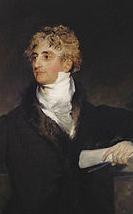















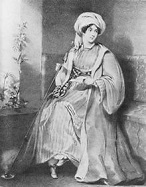


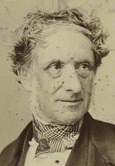
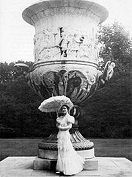
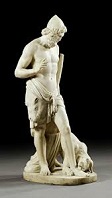
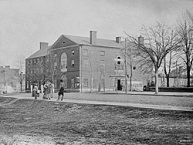
1815 Beginning this year large numbers of Irish begin migrating to the U.S. - 102 years to JFK? Jewish immigration to the U.S. from Europe, particularly Germany begins to increase greatly; Cincinnati (later ironically called Porkopolis) and San Francisco start becoming flourishing Jewish centers. The Great Migration of Canada from Britain begins, with 800K immigrating by 1850, incl. English-speaking settlers to Upper Canada, Gaelic-speaking Highland Scots to Nova Scotia, and 35K Irish landing in Toronto in 1847-8. We fired our guns and the British kept a-comin'? On Jan. 1 an artillery duel ends in an American success, then on Jan. 8 (Sun.) the Battle of New Orleans (last major battle of the War of 1812) sees British Maj. Gen. Edward Pakenham (b. 1778) throw his 5.3K elite troops in two columns through the early morning fog; too bad for them, the fog lifts, exposing them to horrendous casualties from concentrated Am. fire; the British reform 2x, but break off the fight after Pakenham is KIA; the Brits suffer 291 KIA, 1,262 wounded, and 484 captured or missing; Am. losses total 13 KIA, 39 wounded, and 19 missing, making Andrew "Andy" Jackson (1767-1845) a nat. hero; French pirate Jean Lafitte (1776-1825) (who learned of a $500 bounty on his head by La. gov. William Charles Cole Claiborne (1775-1817) in 1813 and responded by offering his own $15K bounty on him) assists but doesn't fare as well until the 1958 MGM film The Buccaneer (dir. by Anthony Quinn) comes out?; Pakenham's body is pickled in a barrel of rum like a ham and packed off to his ship to see his wife, who is waiting for good news; the British slink away and sail from Lake Borgne in SE La. on Jan. 25. When it comes to shipping talk is cheap, mistakes aren't? On Jan. 15 after defeating the British ship Endymion, the frigate USS President, commanded by Stephen Decatur Jr. becomes the first-ever heavy U.S. frigate lost to an enemy (until ?) when the British force him to surrender. On Jan. 30 Thomas Jefferson sells 6.5K books from his private library (largest in the U.S.) to the U.S. Congress, becoming the nucleus of the Library of Congress. On Feb. 15 the Treaty of Ghent between Britain and the U.S. is ratified by the U.S. Senate, ending the War of 1812, and Pres. Madison's popularity soars along with U.S. pride; at the same time the U.S. and Britain begin to realize their economic (if not racial) interdependence and respect each other a mite; total U.S. war deaths: 2,260. On Mar. 4 in honor of the Treaty of Ghent, Pres. Madison proclaims a nat. day of Thanksgiving. On Mar. 20-29 the Congress of Vienna (begun 1814) agrees to the perpetual neutrality of Switzerland, and a constitutional convention meets in Switzerland to draw up a new federal pact. On May 5 after Austrian Prince Metternich opens the diet of the German Confederation (ends 1866) in Frankfurt, Grand Duke Karl August of Saxe-Weimar-Eisenach grants the first German constitution, effective June 8, creating a 38-state confederation from 360 HRE states under the presidency of the emperor of Austria; an edict limits land ownership to those able to furnish a team of animals to work it, forcing many peasants into poverty and cottage industries; the Free City of Frankfurt ie established, with a constitution that restores the old restrictions on the Jews except the requirement to live in the ghetto. I return my flower, a changed bee? Let's get Chef Pierre on the road? It's playtime, let's see your best Karate Krunch? On Mar. 20-July 8 the Hundred Days (War of the Seventh Coalition) (really 111 days) culminates in Emperor Napoleon I (1769-1821) meeting British gen. Arthur Wellesley, Duke of Wellington (1769-1852) for the last time at Waterloo, which Wellington later claims "was won on the playing fields of Eton"; on Feb. 26 after getting pissed-off at the Bourbon restoration and the machinations of the Congress of Vienna, and seeing his chance with Anglo-Dutch troops under Wellington and Prussian troops under Blucher scattered around the Low Countries, Napoleon eludes British patrol ships and escapes Elba, then lands on Mar. 1 in Cannes, where troops sent to capture him fall prey to his charisma and and rally around him, causing Louis XVIII to flee to Ghent; on Mar. 13 the allies issue a ban against Nappy, but that doesn't stop him from entering Paris and establishing a govt., with the Duc de Cambaceres as pres. of the House of Peers and minister of justice, then organizing an army to reconquer Belgium and Holland, causing Austria, Britain, Prussia, and Russia to form the Seventh (Final) Coalition against him on Mar. 25, supplying 180K men each and getting all European nations except Sweden to join, resulting in a 1M-man army; Pierre Samuel du Pont de Nemours takes the cue and returns to the U.S. with his sons; Nathan Mayer Rothschild funds the Brits, while Jacob Rothschild funds the French, allowing them to play both sides and end up owning a large amount of the British Empire, after which they force their five C European banks to be used instead of transferring precious metals from country to country? The U.S. makes short work of its first war against Muslim terrorists? On Mar. 3 the U.S. declares the Second Barbary (Algerian) (Algerine) War (first in 1801-5) on Algiers, Tripoli, and Tunis and their Muslim Barbary pirates, who plunder U.S. ships to make up for what they claim is not enough tribute (jizya) as promised by the Quran, and scoff at the nation of shopkeeping Jonathans and Quakers; on May 10 Commodore Stephen Decatur Jr. sails from New York with a flotilla of 10 ships, tells the Algerian adm. "I go where I please", and seizes two Algerian ships in the Mediterranean, then sails into Algiers Harbor, and on June 30 the bey of Algiers capitulates; in July-Aug. Decatur ends the piracy of Tunis and Tripoli, inducing similar treaties; the pirates cease collecting tribute from the U.S. and instead pay indemnities; when hero Decatur returns to the U.S. he attends a banquet where he utters the famous soundbyte: "Our country! In her intercourse with foreign nations may she always be in the right, but our country, right or wrong!"; meanwhile Pres. Madison sees the light and "federalizes", suddenly wanting a peacetime army and navy as well as a nat. bank, and even increased tariffs and internal improvements; the Federalists and Republicans reverse roles as the former now take up states rights and strict construction, leaving the latter to go abolitionist and win the U.S. Civil War of 1861-5 that ended the U.S. eyesore of Muslim-like slavery, although ironically a lot of Africans taken as slaves were Muslim at the time and were purchased from other African Muslims, then forced to convert to Christianity, although some secretly cling to their Qurans. On Mar. 16 Prince William Frederick (Willem Frederik) of Orange is crowned king William I (1772-1843) of the Netherlands and grand duke of Luxembroug (until Oct. 7, 1840); his son William II commands Dutch troops in the upcoming June 18 Battle of Waterloo. On Mar. 20-29 the Congress of Vienna (begun 1814) agrees to the perpetual neutrality of Switzerland, and a constitutional convention meets in Switzerland to draw up a new federal pact. In Mar. Joachim Murat (b. 1767) declares for Napoleon and tries to regain his throne in Naples, but is defeated by an Austrian force on May 2-3 at the Battle of Tolentino after Corsican adventurer Giuseppe Marco Fieschi (1790-1836) betrays his plans to the Austrians, later giving more info. that helps the Austrians capture him; Bourbon king Ferdinand IV of Sicily is restored to the Neapolitan (chocolate, vanilla and strawberry?) throne; Fieschi returns to Corsica next year then ends up getting 10 years for theft and forgery; utilitarian philosopher Luigi Edoardo Pellegrino, Count Rossi (1787-1848), prof. of law in Bologna and a Murat supporter flees to France, then settles in Geneva, being granted naturalization after giving a course in Roman law. On Apr. 6 Pres. Madison appoints Benjamin Henry Boneval Latrobe (1764-1820) as architect of the U.S. Capitol (until Nov. 20, 1817). On Apr. 10 Mt. Tambora on Sumbawa Island in Indonesia erupts with a force (VEI-7) 100Kx Mt. St. Helens (most powerful recorded volcanic explosion in history), killing 90K, mostly from starvation after it destroys the crops; its ash affects the weather as far away as England, blackening skies around the globe and blocking sunlight for three years, triggering a blizzard in Upstate New York in June 1816 and killer frosts in New England in July-Aug. 1816, making 1816 "the year without a summer", causing a new genre of Gothic fiction incl. Frankenstein and human vampires to emerge? On Apr. 22-23 the Acte Additionnel aux Constitutions de l'Empire, drafted by Benjamin Constant provides the emperor with limited executive authority and ensures individual rights and freedom of the press - take the next exit and turn right? On Apr. 24 after Karadorde Petrovic and most of the Serbian leaders escape to the Austrian-Hungarian Empire, the Second Serbian Uprising against the Turks (ends July 26, 1817) begins as the Serbian nat. council in Takovo proclaims a revolt under Milos Obrenovich (1780-1860), who utters the soundbyte: "Here I am; here you are; war against the Turks!"; the Serbs go on to conquer the Pashaluk of Belgrade (Sanjak of Smederevo). On May 5 after Austrian Prince Metternich opens the diet of the German Confederation (ends 1866) in Frankfurt, Grand Duke Karl August of Saxe-Weimar-Eisenach grants the first German constitution, effective June 8, creating a 38-state confederation from 360 HRE states under the presidency of the emperor of Austria; an edict limits land ownership to those able to furnish a team of animals to work it, forcing many peasants into poverty and cottage industries; the Free City of Frankfurt ie established, with a constitution that restores the old restrictions on the Jews except the requirement to live in the ghetto; on May 19 Geneva joins the Swiss Confederation. On May 21 Pope Pius VII stops in Turin on his return to Italy from crowning Napoleon, and personally displays the Shroud of Christ from the balcony of the Palazzo Madama. In May Napoleon issues the liberal constitution Le Champ de Mai. The orchestra is on their feet? The last half of the year is a big gig for the European diplomats, who carve up France's carcass for their royal absolutist masters? On June 9 the Congress of Vienna (begun 1814) closes with the Treaty of Vienna; the result is the concept of the balance of power to preserve internat. equilibrium of the winning powers, with periodic congresses meeting to maintain peace (prevent revolts); France reverts to its 1790 boundaries, but is allowed to keep Avignon, which it took from the papacy; Russia keeps Finland, and the greater part of the Grand Duchy of Warsaw, which is dissolved, and Poland (Cracow) is repartitioned between Russia, Prussia and Austria, with a kingdom of Poland created under a king and the Russian tsar, with the right to have unspellable Polish as the official language plus their own army (ends 1846); Austria emerges as the dominant power on the continent (ends 1866), receiving new territories in Italy and the Illyrian Provinces; Prussia receives part of the duchy of Warsaw, Danzig, Swedish Pomernia and Rugen, plus new parts of Westphalia and Neuchatel and more than half of Saxony, which becomes a province; on Aug. 24, 1815 the Fundamental Law of the Kingdom of the United Netherlands is passed, uniting Belgium and Holland in an uneasy religious-unfriendly alliance in order to create a strong buffer state against France (ends 1830); Luxembourg (founded 963), the 350-year toy of Burgundy, Spain, Austria and France is made a Grand Duchy and given to the Netherlands; Switzerland becomes independent of France, and on Nov. 20 the Swiss Federal Pact is ratified, creating a confederation of 22 contiguous autonomous cantons with a Diet with restricted powers which requires the vote of two-thirds of the cantons to ratify any act; Norway and Sweden are joined in another bad marriage under one ruler; the dynasties in Spain, Sardinia and the Papal States (incl. Bologna) which had been taken over by the Napoleon clan are restored; the Valtellina passes to the new Lombard-Venetian Kingdom held by Austria (until 1848); Piedmont is returned to the kingdom of Sardinia, which is given Genoa and Liguria, making it the #1 independent state in the Italian peninsula; the new Germanic Confederation is formed, consisting of 38 member states (Austria, Liechtenstein, Hamburg et al.) as the replacement for the Holy Roman Empire (ends 1866), with a Diet at Frankfurt-am-Main consisting of two assemblies of diplomats presided over by Austrian reps.; the Ionian Islands of Greece are taken from France and placed under British suzerainty (until 1863); East Friesland is added to Hanover (an electorate since 1692), which is proclaimed a kingdom (until 1886), and restored to the English crown (ends 1837); England gains the nice naval hops of Malta and Helgoland, the Cape of Good Hope, and scattered island possessions taken from the Netherlands and France; Switzerland promises to not allow their famous and feared mercenaries to fight anywhere but at home and the Vatican; brie is declared the king of cheeses; the war to end all wars is over, but the real war is on hotter than ever between the liberal forces seeking to end absolutism in a hedonistic world that delights in pleasure and sin, and the absolutist forces seeking to hold onto their gains and the religious piety of the masses while themselves delighting in, er, pleasure and sin, with round one being conservative top dog Austria vs. liberal-hope challenger Prussia, whose liberal pop. has the problem of the Junkers (large landholders); after a cent. of strife it takes WWI to finally undo the old order completely? Into each life some rain must fall? On June 15-16 Napoleon suddenly crosses the Belgian frontier and attacks Charleroi, taking it from the Prussians; on June 16 he severely defeats field marshal Blucher at the Battle of Ligny (Nappy's last V), forcing him to fall back, while he personally rallies his scattered troops; meanwhile French marshal Michel Ney attacks the British under the Prince of Orange at the Battle of Quatre Bras and is defeated, while French troops under marshal Jean-Baptiste Droute, Count d'Erlon (1765-1844) are given conflicting orders and march back and forth between Ligny and Quatre Bras without engaging; Napoleon orders cavalry cmdr. marshal Emmanuel de Grouchy, Marquis de Grouchy (1766-1847) to follow and attack Blucher and his Prussians, who are expected to retreat S to Namur, but his orders are delayed for 12 hours, and Grouchy doesn't follow them, blindsiding grouchy Nappy, who joins Ney on June 17 and follows the retreating British on the road to Brussels, having a perfect life until they make a stand at the crossroads of Mt. St. Jean in front of the village of (what's love? that's right?) Waterloo, the last major battle involving all the great powers of Europe until 1914; alas, if only there had not been a bad rainstorm on the 17th, and he had not been suffering from painful hemorrhoids keeping him inside his tent high on opium, Nappy might have taken the unready Brits, but c'est la vie?; on June 18 (Sun.) (midday) (6, 6+6+6, 1815 = 6+6+6 + 1+5=6?) the watershed Battle of Waterloo in Belgium between Napoleon and the Duke of Wellington's 32K troops begins with a French frontal attack on Wellington's troops at the Battle of La Haye Sainte, whose "thin red line" repels the French cavalry charge three, count 'em, three times, giving Blucher's troops (who had not fallen back to Namur, but turned N along a series of farm roads to Wavre, eluding grouchy Grouchy) under new cmdr. August Wilhelm Antonius Graf Neidhardt von Gneisenau (1760-1831) (who took charge after aging field marshal Blucher became disabled at Ligny) to surprise know-it-all-Nappy (the original Wrath of Khan vs. Kirk and Spock?), and come into view, though they are slowed by the muddy conditions, and take until 4:30 p.m. to reach the French at Plancenoit (Planchenoit), on Nappy's right flank, getting him into a vise; at 7 p.m. the decision hour arrives, and Nappy the Gambler risks his Old (Imperial) Guard, who fight to the last man in vain until finally the Frogs are routed, with French Gen. Pierre Jacques Etienne Cambronne (1770-1842) allegedly uttering the soundbyte "The Guard knows how to die", or "Merde" when called upon to surrender before being seriously wounded and taken POW by the British; the French propose a truce, which is laughed off, and Gneisenau pursues the Frogs to the gates of Paris, capturing Napoleon's carriage, and beating Wellington; on July 7 Paris is retaken, and on July 8 Louis XVIII "the Desired" (1755-1824) returns to his throney throne throne (until Sept. 16, 1824), backed by large sums of money raised by Jacques Laffitte (1767-1844), who becomes gov. of the Bank of France and pres. of the chamber of commerce, supplying 2M francs from his own pocket to cover the pay of the imperial troops after the Battle of Waterloo (Napoleon I himself deposited 5M francs in gold with him before leaving France for the last time); shortly after his restoration Louis XVIII grants the Charter of 1814, reducing the French monarchy from absolutist to constitutional; the British Army begin wearing bearskin hats after the Battle of Waterloo to mock Napoleon's Imperial Guard; the French D was actually a moral V because they took on Britain, Prussia, Russia, Austria et al. all alone?; France turns its back on the British-led Industrial Rev., concentrating on small factories creating clothes, perfumes, and luxury goods, which survive to modern times, while England's factories don't?; "Waterloo was not a battle, it was a change in direction of the universe." (Victor Hugo) On June 20 Napoleon I issues a report on the Battle of Waterloo, claiming that by late afternoon "the army was able to look with satisfaction upon a battle won and the battlefield in our possession", until Gen. Blucher's Prussian troops intervened and routed them. His last days as a Playboy Playmate coming up in minutes, or, Shrek the Third is about to debut? On June 22 (4 days after the Big D at Waterloo) after going with his brother Joseph Bonaparte to Rochefort, planning to sail separately for North Am., and Joseph offering to give up his own hired vessel for him, whereupon he graciously lets him escape instead, Napoleon I surrenders to British Vice-adm. Sir Henry Hotham (1777-1833) (ham jokes here?), then on July 15 formally surrenders aboard the HMS Bellerophon (Capt. Frederick Lewis Maitland) off Rochefort, and abdicates again in favor of his son Napoleon II (1811-32), who never rules; Napoleon is unanimously ordered by the allies to be exiled to St. Helena Island in the butthole of the Atlantic off the W African coast, where he arrives in the Bellerophon in Oct., and remains until his death on May 5, 1821; the Brits set up a garrison on Ascension Island to the NW, calling it stone frigate HMS Ascension, classified as "sloop of war of the smaller class"; after state minister (since 1815) Francois-Rene de Chateaubriand votes for his execution. French marshal Michel Ney (b. 1769) is executed for treason on Dec. 7; Gen. Grouchy, who lives in Chateau de la Villette NW of Paris is exiled to Philadelphia, Penn.; Blucher retires to private life and receives a special Iron Cross from pleased-as-punch Frederick William III; the name Arthur (as in Arthur Wellesley, Duke of Wellington) suddenly becomes fashionable for baby boys; the Waterloo Teeth collected from the dead soldiers (most from young boys) for making dentures are so excellent that they are in great demand; Nappy's uncle Cardinal Joseph Fesch is exiled to Rome, bequeathing many art objects to Lyons; Nappy's brother Joseph-Napoleon Bonaparte (1768-1844) flees to Bordentown, N.J. (until 1841), settling down in Point Breeze, N.J. under the title of Comte de Survilliers and going into agriculture - yep, that's me? On June 30-Aug. 12 9K Dutch and Belgian troops siege the fortress of Valenciennes, which is commanded by Napoleon's gen. Louis Emmanuel Rey (1768-1846). In June with British help, Ferdinand the Infanta of Spain, AKA Ferdinand IV of Naples and Ferdinand II of Sicily restores the Bourbon Dynasty in Sicily, abolishing the constitution of 1812. On Aug. 14 afer Louis XVIII institutes the Second White Terror, persecuting anybody associated with the French Rev. or Napoleon, elections in France are won by the ultra-royalists, who win 350 of 402 seats; on Sept. 26 Armand Emmanuel Sophie Septimanie de Vignerot du Plessis, 5th Duc de Richelieu (1766-1822) becomes PM #2 of France (until Dec. 29, 1918); on Oct. 7 the Chambre Introuvable (Unobtainable Chamber) convenes, bent on reestablishing the Ancien Regime, banishing anybody who voted for Louis XVI's execution and establishing military provost-marshal courts to dispense with them. On Aug. 23 HMS Northumberland, carrying Napoleon en route to St. Helena Island anchors at Funchal in Madeira, and British consul Henry Veitch (1782-1857) (great-grandfather of writer Noel Coward) goofs by addressing him as "Your Majesty" instead of "General", causing the foreign secy. to sack him and order him to return to England; after the locals demand his return, he is reinstated by Lord Palmerston, and finally booted out for the final time in Dec. 1835 after stinking himself up with licentious behavior and trying to become gov. On Sept. 22-24 the Great Sept. Gale of 1815, the first to strike New England in 180 years strikes the S shore of Long Island, N.Y. on Sept. 23, splitting Long Beach from the Rockaways, then hits Saybrook, Conn., creating 11-ft. waves that destroy 500 houses and 35 ships, then floods Providence, R.I.; in 1819 John Farrar (1779-1853) of Harvard U. first proposes that a hurricane is a "moving vortex and not the rushing forward of a great body of the atmosphere". On Sept. 26 the Category 3 (135 mph) Holy (Grand) Alliance is formed by Alexander I of Russia, Francis I of Austria, and Frederick William III of Prussia, declaring that all Euro countries are to be governed by Christian (really conservative reactionary) principles; it is ultimately accepted by all European rulers except the British prince regent, the pope, and (obviously?) the Ottoman sultan - and that makes it classy for the kids? On Oct. 13 Napoleon's brother-in-law Joachim Murat (b. 1767) is executed in Calabria, S Italy. On Nov. 20 the Second Treaty of Paris contracts France to its 1790 boundaries (the 1789 boundaries plus Venaissin and Avignon), and forces France to pay 700M francs and support 17 allied fortresses on its N and E frontiers for five years; Saarbrucken passes from France to Prussia - no more Peach Elbas? On Nov. 20 the Quadruple Alliance between Britain, Austria, Prussia, and Russia implements Prince Metternich's Congress System, whereby each member agrees to supply 60K men upon the attempted violation of the Treaty of Paris, and establishes the principle of govt. by conference; it is signed for a 20-year term, then renewed for another 20 years in 1834. On Dec. 7 Michel Ney (b. 1769), one of Napoleon's original 18 marshals of France is arrested and charged with treason by the chamber of peers, then convicted on Dec. 6 and executed by firing squad near the Luxembourg Garden in Paris on Dec. 7, refusing to wear a blindfold and giving the soldiers their order to fire like the macho stud he is; the execution is meant as an example, but divides public opinion; later a legend arises that the whole thing was staged with fake blood packets, and that he had pulled Illuminati Freemason strings to be spirited away to the U.S., where he assumes the identity of mild-mannered school teacher Peter Stuart Ney in the Carolinas, and dies in 1846 after uttering the final words: "Bessieres is dead, the Old Guard is dead, now please let me die"; his gravestone is in Cleveland, N.C. at Third Creek Presbyterian Church? On Dec. 15 Pres. Madison delivers his State of the Union Message to Congress, declaring the Barbary Wars to be over. A colony rules its former mother country? Brazil becomes an independent kingdom equal to Portugal, with Prince Regent Joao (John) VI (Dom John) ruling both countries from Rio de Janeiro, where he was driven into exile by the French during the Napoleonic Wars; on Dec. 16 Mad Maria I is proclaimed queen of the United Kingdom of Portugal, Brazil, and the Algarves; after Nappy is defeated at the Battle of Waterloo, Maria I and her family remain in Brazil. Gen. Carlos Maria de Alvear (1789-1852) becomes dictator of the Rio de la Plata based in Buenos Aires; meanwhile Argentine Gen. Jose de San Martin (1778-1850) goes to Mendoza to organize an army to liberate Chile. After federalist troops from the Banda Oriental (Uruguay) threaten the country, Dr. Jose Gaspar Rodriguez de Francia becomes dictator ("El Supremo") of Paraguay, isolating the country and fighting annexation threats by both Brazil and the United Provinces of the Rio de la Plata while forcing peasants into slave labor, allegedly to found a dream country a la Rousseau, Robespierre and Napoleon, while he slowly goes mad? The Venezuelan royalists defeat Simon Bolivar at the Battle of Santa Marta, then take Cartagena, causing him to flee Nueva Granada for Jamaica, where he issues his Jamaican Letter, then travel to Haiti and gain support from pres. Alexandre Sabes Petion with his promise to abolish slavery in Venezuela, raising a new army. The British income tax is abolished (until 1842) - hey, we get a piece of them 700 million francs? After more than a year's hostilities, Nepal agrees to let British residents live in the strongly Hindu (no British beef?) capital city of Katmandu. Britain's takeover of the South Am. trade routes almost leads to war among the major powers. Ndvungunye dies, and his son Sobhuza I (Ngwane IV) (Somhlolo = "the Wonder") (1780-1836) becomes king of Swaziland (until 1836). The Sac and Fox tribes are manipulated into new treaties with the U.S. this year and next giving away their ancestral lands on the E side of the Mississipi River, with relocation to the W side accomplished in 1823; as before, chief Black Hawk repudiates the agreements, but white man gets what white man wants, and his red ass is grass and they got the lawnmower? French-Canadian trapper Jaques La Ramie (Ramee) (Ramée) (1784-1821) organizes a free-trapper rendezvous at the junction of the North Platte and Laramie Rivers, going on to explore the Laramie River in 1820 until he mysteriously fails to arrive at a rendezvous in 1821 and is never seen again; in the mid-1860s the town of Laramie, Wyo. is named after him. The first regular steamships begin running between Liverpool and Glasgow. About this time White is Right Britain adopts a paternalistic attitude towards the natives of India, feeling a new responsibility to modernize and Christianize, and of course, to rule them (like whites everywhere, from Alexander's Greeks on?); meanwhile, the East India Co. men in India live like maharajas, complete with native mistresses in their palaces who churn out future Nehrus? - Hindu is a state of mind? The Commercial Convention between the U.S. and Britain patches up war wounds and eliminates discriminatory duties on both sides, except in the West Indies, where Britain still closes the door. The Corn Laws are passed by Parliament, outlawing import of grain until domestic grain reaches the "famine price" of 80 shillings per quarter; this helps the agricultural aristocracy, but disregards both agricultural workers and consumers, raising food prices for the working classes (ends 1827); repealed in 1846. The Apothecaries Act forbids unqualified doctors from practicing in England. Karl Follen (1796-1840) founds the Blacks, one of several secret liberal societies in the German univs. called Burschenschaften, the Blacks being supporters of violence; gymnastics man Friedrich Ludwig Jahn organizes others - I said tough enough? David Low Dodge (1774-1852) organizes the first peace society in history in New York City, followed by Noah Worcester (1758-1837) in Mass., which in 1828 are incorporated into the Am. Peace Sociey by William Ladd (1778-1841) in 1828. John Quincy Adams is appointed U.S. minister to London by Pres. Madison. After the Battle of Waterloo British soldiers are issued a Soldier's Account Book, explaining how to collect their pay, and containing a sample form filled out in the name of Pvt. Thomas Atkins (No. 6 Troop, 6th Dragoons); the name "Tommy" enters the English language for a British soldier, and is adopted by their enemies the Krauts ("The war is over for you, Tommy"). Shropshire-born English banker-economist Thomas Attwood (1783-1856) et al. found the Birmingham School of Economics to advocate underconsumptionist theory and an expansionary monetary policy to achieve full employment, opposing the gold standard and pushing an income-expenditure model with a multiplier effect, becoming the first Keynesians; they are dismissed as "currency cranks" and "crude inflationists". Russian navigator Capt. Otto von Kotzebue (1787-1846) discovers many islands in the Pacific. The Technological College of Vienna is founded, later becoming the Vienna U. of Tech. The Protestant German Missionary Society is founded on Sept. 26, later becoming the Basel Evangelical Missionary Society. Lord Byron (1788-1824) marries Anne Isabella Milbanke (1792-1860), but after he proves more in love with himself she divorces him, and in 1816 he goes in disgrace to Italy to live a Byronic life of dissipation, never returning to England. The Biedermeier Period (ends 1848) begins in C Europe, pandering to the growing middle class; the Biedermeier Style in German furniture (a heavy, stolid Bourgeoise variation of French Empire, which invites parody and ridicule?) becomes popular in Germany and Austria (until 1860), featuring a family table with chairs for evening activities. English socialite adventurer-traveler ("Queen of the Desert") Lady Hester Lucy Stanhope (1776-1839) (niece of British PM William Pitt the Younger, who prefers to dress as a Turkish male sans veil) makes an archeological expedition to Ashkelon, becoming the first modern excavation in the Holy Land. Architecture: The red brick Old Brick Capitol on Jenkins Hill (E slope of Capitol Hill) at 1st and A Sts., NE in Washington, D.C. is founded out of Stelle's Hotel (built 1800) as the temporary U.S. Capitol (until 1819); during the U.S. Civil War of 1861-5 it becomes the Old Capitol Prison; in 1865 it houses Lincoln's suspected assassins; in 1867 it is purchased by U.S. sgt.-at-arms George T. Brown, who turns it into three rowhouses called Trumbull's Row; in 1929 it is demolished to make way for U.S. Supreme Court Bldg. John Nash begins rebuilding Royal Brighton Pavilion in pseudo-oriental (Indian) style for prince regent George (later George IV) (finished 1823). Buckingham House in Newark, Ohio is built by Daniel Duncan, becoming a posh place to entertain distinguished guests incl. U.S. presidents Hayes and Garfield. The Washington City Canal in Washington, D.C. opens, connecting the Anacostia River in the E to Tiber Creek, the Potomac River, and later the Chesapeake and Ohio Canal; it closes in the mid-1850s, and is filled in by 1871, with only the Lockkeeper's House (built in 1837) left standing at the SW corner of 17th St., NW and Constitutional Ave., NW near Constitution Gardens. Inventions: Seth Boyden invents a leather-splitting machine. English chemist Humphry Davy (1778-1829) and English engineer George Stephenson (1781-1848) develop the oil-burning Miner's Safety Arc Lamp, using a gauze cylinder. Robert Fulton's 38-ton USS Fulton becomes the first steam-powered warship. British road surveyor John Loudon McAdam (1756-1836) invents a method for improving roads by elevating the roadbed and using small stones to keep it dry - why didn't I think of that? Thomas Jefferson invents a power machine for breaking hemp. English physician Peter Mark Roget (1779-1869) invents the log-log slide rule, good for exponential and root calculations. Daniel Shreve's 80-ft. river steamboat Enterprise begins its Louisville-New Orleans route; it features a high-pressure engine and a 2nd deck, which soon becomes standard - the first starship Enterprise with warp drive and rec room? Science: French physicist Augustin Jean Fresnel (1788-1827) pub. researches on the diffraction of light (Fresnel Lines), interference, polarization, and double refaction, ultimately establishing the Transverse Wave Theory of Light (1815-21). German astronomer Heinrich Wilhelm Matthaus (Matthäus) Olbers (1758-1840) discovers the periodic Olbers Comet (13P/Olbers). English physician-chemist William Prout (1785-1850) anon. pub. the paper "On the Relation Between the Specific Gravities of Bodies in their Gaseous States and the Weights of their Atoms", proposing Prout's Hypothesis, a relation between specific gravity and atomic weight, suggesting that atoms of all elements are aggregates of hydrogen atoms. Nonfiction: Rev. John Dobson (1794-1847), The Elements of Geometry; a book without punctuation, except for a period at the end of each paragraph; publisher Cambridge Press sneaks a colon, semicolon, comma and period onto the title page. Daniel Drake, Picture of Cincinnati. Elizabeth Hamilton (1756-1816), Hints Addressed to the Patrons and Directors of Schools. Jean-Baptiste de Lamarck (1744-1829), Histoire Naturelle des Dnimaux (1815-22). Thomas Robert Malthus (1766-1834), An Inquiry into the Nature and Progress of Rent. Hannah More (1745-1833), Character of St. Paul. Sir Thomas Stamford Raffles (1781-1826), History of Java. David Ricardo (1772-1823), The Influence of a Low Price of Corn on the Profits of Stock; introduces the Law of Diminishing Returns? Claudius James Rich (1787-1821), Narrative of a Journey to the Site of Babylon in 1811; visits the site of ancient Babylon on the Euphrates River and finds no traces of its original walls. Friedrich Carl von Savigny (1779-1861), History of Roman Law in the Middle Ages (Geschichte des Romischen Rechts im Mittelalter) (6 vols.) (1815-31); covers from the end of the Western Roman Empire until the start of the 12th cent., showing how dead Roman law lived on in local customs, towns, ecclesiastical doctrines, and school teachings until it resurfaced in Bologna and other Italian cities. Jean Charles Leonard Simonde de Sismondi (1773-1842), Political Economy. William Smith (1769-1839), Geological Map of England and Wales; the first proper colored geological map, showing 21 sedimentary layers; claims that specific strata can be identified by their fossil content, and works out the main divisions of the Secondary (Mesozoic) strata. Dugald Stewart, Progress of Metaphysical, Ethical, and Political Philosophy. Music: Anon., Foggy, Foggy Dew. Franz Schubert (1797-1828), Symphony No. 2 in B flat, D125; First Piano Sonata in E major, D157; Mass No. 2 in G, D167; Der Vierjahrige Posten, D190 (1-act operetta) (May 19); 3rd (Rhenische) Symphony in D major, D200 (Fernando); Second Piano Sonata in C major, D279; Freunde von Salamanka, D326; Der Erlkonig (Erlkönig), D328 (based on a Goethe ballad); plus another mass, 144 songs, and two operas. Art: Francisco de Goya (1746-1828), Tauromaquia (etchings); Self Portrait. Etienne-Jules Ramey (fils) (1796-1852), Ulysses Recognized by His Dog Argos (statue). J.M.W. Turner (1775-1851), Crossing the Brook. Sir Richard Westmacott (Jr.) (1775-1856), Waterloo Vase; 15-ft. (5m) 20-ton white elephant sculpted from a single piece of Carrara marble originally hewn in Tuscany for Napoleon to celebrate his coming V in Russia and presented to the Prince Regent (later George IV) by Grand Duke Ferdinand of Tuscany complete with bas-reliefs of George III on his throne and loser Napoleon unhorsed; ends up in the Nat. Gallery in 1836-1906, followed by the garden of Buckingham Palace. Plays: Clemens Brentano (1778-1842), Die Grundung Prags. J.S. Knowles, Caius Gracchus (tragedy). Eugene Scribe (1791-1861) and Delestre Poirson, Night of the National Guard (Une Nuit de la Garde Nationale); Scribe's first hit. Poetry: The first printed ed. of the anon. Anglo-Saxon poem Beowolf is pub. Pierre Jean de Beranger (1780-1857), Chansons I; makes him a hero with French republicans; incl. Le Roi d'Yvetot, a satire of Napoleon, which becomes a hit with Louis XVIII, who utters the soundbyte: "We must pardon many things to the author of 'Le Roi d'Yvetot'". William Lisle Bowles, The Missionary of the Andes. Lord Byron (1788-1824), Hebrew Melodies (Apr.); music by Isaac Nathan; bestseller (10K copies); incl. My Soul is Dark, The Destruction of Sennacherib, and She Walks in Beauty, written in 1813 after meeting his mourning cousin Mrs. John Wilmot at a ball wearing a black dress with spangles. Casimir Delavigne (1793-1843), Messiniennes; incl. Waterloo, Devastation du Mise, Sur le Besoin de s'Unir Apres le Depart des Etrangers; big hit, selling 25K copies and getting him a better sinecure. James Hogg (1770-1835), Pilgrims of the Sun. Johann Ludwig Uhland (1787-1862), Vaterlandische Gedichte; makes him a star. Johan Olof Wallin (1779-1839), The Educator (Uppfostraren). William Wordsworth (1770-1850), Laodamia. Novels: Joseph von Eichendorff (1788-1857), Ahnung und Gegenwart. Friedrich de la Motte Fouque (1777-1834), Die Fahrten Thiodolfs des Islanders. E.T.A. Hoffmann (1776-1822), Die Elixiere des Teufels. Sir Walter Scott (1771-1832), Guy Mannering; or, The Astrologer; pub. anon.; big hit about the supernatural; Dandie Dinmont has six Dandie Dinmont terriers (a breed dating back to the 17th cent.). Births: Canadian PM #1 (1867-73, 1878-91) Sir John Alexander Macdonald (d. 1891) on Jan. 11 in Glasgow, Scotland. Am. Mormon leader William Bickerton (d. 1905) on Jan. 15 in Alnwick, Northumberland, England; starts out as a Methodist until he is converted by Sidney Rigdon in 1845. British astronomical photography pioneer Warren De La Rue (d. 1889) on Jan. 15 in Guernsey. Am. Civil War Union gen. Henry Wager "Old Brains" Halleck (d. 1872) on Jan. 16 in Oneida County, N.Y. German Biblical scholar Lobegott Friedrich Constantin (von) Tischendorf (d. 1874) on Jan. 18 in Lengenfield (near Plauen), Saxony; educated at the U. of Leipzig. Am. anesthesia pioneer Dr. Horace Wells (d. 1848) on Jan. 21 in Hartford, Vt. German actress Christine Enghaus (Johanne Louise Christine Engehausen) (d. 1910) on Feb. 9 in Brauhschweig; wife (1846-) of Friedrich Hebbel (1813-63). Am. blackface performer Richard Ward "Dick" Pelham (Pell) (d. 1876) (Virginia Minstrels) on Feb. 13 in New York City. French Classicist painter-sculptor Jean-Louis Ernest Meissonier (d. 1891) on Feb. 21 in Lyon; moves to Paris at an early age; teacher of Edouard Detaille; known for his depictions of Napoleon and his armies and for microscopic "miniatures in oil". Am. Chicago Repub. mayor #21 (1860-1) and U.S. Rep. (D-Ill., 1853-5) "Long" John Wentworth (d. 1888) on Mar. 5 in Sandwich, N.H. U.S. Supreme Court justice #37 (1862-77) and U.S. Sen. (R-Ill.) (1877-83) David Davis (b. 1886) on Mar. 9 in Cecil County, Md.; educated at Kenyon College, and Yale U. French novelist-poet (dir. of the Comedie Francaise) Arsene (Arsène) Houssaye (Housset) (d. 1896) on Mar. 28 in Bruyeres (Bruyères); father of Henri Houssaye (1848-1911); father of Henry Houssaye (1848-1911). Irish surgeon Sir William Robert Wills Wilde (d. 1876) in Mar. near Castlerea, County Roscommon; husband of Lady Jane Wilde (1821-96); father of Oscar Wilde (1854-1900); knighted in 1864. German Prussian PM (1862-71) and chancellor #1 (1871-90) ("the Iron Chancellor") Otto Eduard Leopold von Bismarck, Count of Bismarck-Schonhausen, Duke of Lauenburg, Prince of Bismarck (d. 1898) on Apr. 1 in Schonhausen (Schönhausen), Prussia (East Germany); likes to do business with cigar in hand? German composer Friedrich Robert Volkmann (d. 1883) on Apr. 6 in Lommatzsch, Saxony. Am. brewer Georg August Krug (d. 1856) on Apr. 15 in Miltenberg, Bavaria, Germany; emigrates to the U.S. in 1848. Am. frontiersman (Mormon) William Adams "Wild Bill" Hickman (d. 1883) on Apr. 16. British Liberal politician (home secy. in 1868-73) Henry Austin Bruce, 1st Baron Aberdare (d. 1895) on Apr. 16 in Duffryn, Aberdare, Glamorganshire, Wales. English "Chronicles of Barsetshire" novelist Anthony Trollope (d. 1882) on Apr. 24 in London; son of Frances Milton Trollope (1780-1863); brother of Thomas Adolphus Trollope (1810-92); educated at Winchester College; designer of England's red mailboxes. English churchman (dean of St. Paul's in 1871-90) Richard Christopher Church (d. 1890) on Apr. 15 in Newport; educated at Wadham College, Oxford U. Am. Civil War Union brig. gen. John Gross Barnard (d. 1882) on May 19 in Sheffield, Mass.; brother of Frederick Augustus Porter Barnard (1808-89). Am. Texas Ranger Capt. John Salmon "Rip" Ford (d. 1897) on May 26 in Greenville District, S.C. German Indologist and Sanskrit scholar Otto von Bohtlingk (d. 1904) on May 30 in St. Petersburg, Russia. Am. Civil War Union gen. (deaf) Philip Kearny Jr. (d. 1862) on June 2 in New York City; wealthy parents; educated at Columbia U.; namesake of Kearny in NE N.J. Dutch painter (in Canada) Cornelius David Krieghoff (d. 1872) on June 19 in Amsterdam; emigrates to Canada in 1846. German composer Robert Franz (d. 1892) on June 28 in Halle. Irish physician-journalist-politician Sir John Gray (Grey) (d. 1875) on July 13 in Claremorris, County Mayo; educated at Trinity College, Dublin. Am. "Two Years Before the Mast" writer-lawyer Richard Henry Dana Jr. (d. 1882) on Aug. 1 in Cambridge, Mass.; private school student of Ralph Waldo Emerson; educated at Harvard U., where he contracts measles, weakening his eyes and causing him to go on a sea voyage. German physician Carl Reinhold August Wunderlich (d. 1877) on Aur. 4 in Sulz am Necker; educated at the U. of Tubingen. English explorer (of Australia) and gov. of Jamaica (1`862-5) Edward John Eyre (d. 1901) on Aug. 5 in Whipsnade, Bedfordshire; grows up in Hornsea, Yorkshire; French botanist Charles Victor Naudin (d. 1899) on Aug. 14 in Autun. Am. Dem. politician and Civil War Confed gen. Thomas Howell Cobb (d. 1868) on Sept. 7 in Jefferson County, Ga; of Welsh descent; grother of Thomas Reade Rootes Cobb (1823-62); grows up in Athens, Ga.; educated at the U. of Ga.; 1st pres. of the Confederacy before Jefferson Davis. Australian explorer (Freemason) John McDouall Stuart (d. 1866) on Sept. 7 in Dysart, Fife, Scotland; emigrates to Australia in 1838. Norwegian composer Halfdan Kjerulf (d. 1868) on Sept. 15 in Christiania (Oslo). Am. Presbyterian-Congregationalist abolitionit minister-hymnodist-writer Charles Beecher (d. 1900) on Oct. 1 in Litchfield, Conn.; son of Rev. Lyman Beecher (1775-1863); brother of Catharine Esther Beecher (1800-78), Edward Beecher (1803-95), Harriet Beecher Stowe (1811-96), and Henry Ward Beecher (1813-87); educated at Boston latin School, Bowdoin College, and Lane Theological Seminary. Am. Civil War Confed. Brig. Gen. William Joseph "Old Reliable" Hardee (d. 1873) on Oct. 12 in Camden County, Ga.; writes the most popular military textbook used by both sides during the war. German poet-playwright Emanuel von Geibel (d. 1884) on Oct. 17 in Lubeck. Am. "Dixie" entertainer-composer (founder of the first blackface minstrel troupe)Daniel Decatur "Dan" Emmett (d. 1904) on Oct. 29 in Mount Vernon, Ohio. German mathematician ("Father of Modern Analysis") Karl Theodor Wilhelm Weierstrass (d. 1897) on Oct. 31 in Ostenfelde, Westphalia, Prussia; educated at the U. of Bonn. Am. Civil War Confed Gen. Douglas Hancock Cooper (d. 1879) on Nov. 1 in Amite County, Miss.; educated at the U. of Va.; classmate of Lafayette McLaws, John B. Magruder, and Carnot Posey. Am. physician-pharmacist (ether anesthesia pioneer) Crawford Williamson Long (d. 1878) on Nov. 1 in Danielsville, Ga. English mathematician-logician (inventor of Boolean algebra) George Boole (d. 1864) Nov. 2 in Lincoln, Lincolnshire; prof. of math at Queen's College in Cork, Ireland (1849-); Irish Young Ireland leader, atty.-journalist hn Mitchel (Sean Misteil) (d. 1875) on Nov. 3 in Camnish (near Dungiven), County Londonderry, Ireland; Presbyterian minister father. Am. "general of the women's rights movement" Elizabeth Cady Stanton (d. 1902) on Nov. 12 in Johnstown, N.Y.; wife (1840-) of Henry Brewster Stanton. Am. "Christy Minstrels" singer-actor-producer-composer Edwin Pearce Christy (d. 1862) on Nov. 28 in Philadelphia, Penn. German realist painter Adolph (Adolf) Friedrich Erdmann von Menzel (d. 1905) on Dec. 8 in Breslau (Wroclaw), Poland. English world's first computer programmer Augusta Ada King, Countess of Lovelace (d. 1852) on Dec. 10 in London; first legitimate child of Lord Byron (1788-1824) and 1st wife (Jan. 2) Anne Isabella "Annabella" Milbanke (1792-1860); named after Byron's half-sister Augusta Leigh (1783-1851); considering him insane for hooking up with Augusta et al., mother leaves Byron on Jan. 16, 1816, the scandal forcing him to leave England forever in Apr. 1816, escaping to Switzerland; wife (1835-) of William King-Noel, 1st Earl of Lovelace (1805-93). French "Romans in the Decadence of the Empire" painter Thomas Couture (d. 1879) on Dec. 21 in Senlis, Oise; teacher of Edouard Manet and Pierre Puvis de Chavannes. Am. Civil War Union Gen. George Gordon Meade (d. 1872) on Dec. 31 in Cadiz, Spain. Scottish golfer Allan Robertson (d. 1859) in St. Andrews; first of the great golfers. Deaths: Scottish philosopher-historian Adam Ferguson (b. 1723) on Feb. 22 in St. Andrews. Am. Rev. War brig. gen. John Nixon (b. 1727) on Mar. 24 in in Middlebury, Vt. German traveller Carsten Niebuhr (b. 1733) on Apr. 26 in Meldorf. German-born hypnotist physician Franz Anton Mesmer (b. 1734) on Mar. 5 in Meersburg, Baden. Am. Roman Catholic archbishop (of Baltimore) John Carroll (b. 1735) on Dec. 3 in Baltimore, Md. English actress Fanny Abington (b. 1737) on Mar. 4. Am. portrait painter (in England after 1775) John Singleton Copley (b. 1738). German poet Matthias Claudius (b. 1740) on Jan. 21 in Hamburg. British-born Universalist clergyman John Murray (b. 1741) on Oct. 19 in Boston, Mass. Am. Rev. War col. Charles McDowell (b. 1743) on Mar. 31 near Morganton, Va. Am. politician John Sevier (b. 1745) on Sept. 25 in Ga.; dies while surveying the Ga. border with the Creek Nation in Ala.; a monument to him is erected in Knoxville, Tenn. Am. politician-historian David Ramsay (b. 1749) on May 8 in Charleston, S.C. Dutch patriotic leader Cornelis de Gijselaar (b. 1751) on May 29 in Leiden. French marshal Louis Alexandre Berthier (b. 1753) on June 1 in Bamberg (suicide or murder?). English steam engine developer Jonathan Carter Hornblower (b. 1753) in Mar. Am. Rev. War surgeon John Warren (b. 1753) on Apr. 4 in Boston, Mass. English caricaturist James Gillray (b. 1757) on June 1. French gen. Claude Jacques Lecourbe (b. 1759) on Oct. 22 in Belfort. English banker-economist Henry Thornton (b. 1760) on Jan. 16 in London. English chemist Smithson Tennant (b. 1761) on Feb. 22 near Boulogne-sur-Mer, France; killed in a bridge collapse. Am. steamboat inventor Robert Fulton (b. 1765) on Feb. 24 in New York City. English Lord Nelson's mistress Lady Emma Hamilton (b. 1765). French marshal and king of Naples-Sicily (1808-15) Joachim Murat (b. 1767) on Oct. 15 in Calabria, Italy (executed). French marshal Michel Ney (b. 1769) on Dec. 7 in Paris (executed for treason); last words: "Soldiers, when I give you the command to fire, aim straight for my heart. Wait for my order, it will be my last to you. I protest my condemnation. I have fought a hundred battles for France, and none one against her. Soldiers: Fire!" British gen. Sir Edward Michael Pakenham (b. 1778) on Jan. 8 in Chalmette, La. (KIA); last words: "Lost for the lack of courage." South African circus exhibit Sarah Baartman (b. 1789) on Dec. 29 in France; her remains are put on exhibit until 1974, and she is finally laid to rest in her birthplace of Hankey in 2002.
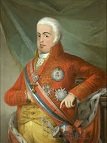












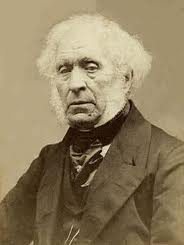













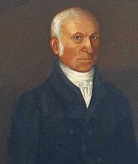



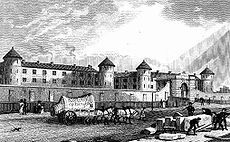

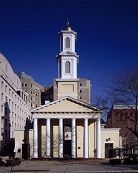
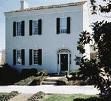

1816 The Year Without a Summer (Poverty Year), caused by the Apr. 10, 1815 eruption of Mount Tambora sees the worse European winter (until ?) followed by a widespread European crop failure that causes food riots in Britain, France, and Belgium, while Britain experiences its worst-ever depression (until ?) during the next two years, with the economy taking until 1820 to begin reviving; meanwhile, the economic depression combined with the overthrow of Napoleon brings the English working class to the brink of rev. over the winter of 1816-7; Robert Bailey Thomas (1766-1846) of Worcester County, Mass. in his Old Farmer's Almanac (founded 1792) mistakenly forecasts snow in July and Aug., but before he can send out replacements it actually does snow in the summer, making him into a genius and boosting his almanac's popularity? On Jan. 9 Thomas Jefferson writes a Letter to Charles Thompson revealing his religious beliefs, or lack thereof, and describing how he has cut-up the Gospels to make his own book which he calls "The Philosophy of Jesus". On Mar. 4 the Sugauli (Sugowlee) (Seggulee) Treaty (signed Dec. 2) is ratified, ending the Gurkha War of 1814, ceding one-third of Nepal to the British Raj in India incl. Kumaon, Garhwal, and parts of Sikkim, establishing a British rep in Katmandu, and committing Gurkhas for British military service; Nepal is prohibited from employing foreigners in military service; three decades of "peace without cordiality" with Nepal. On Mar. 16 after the Repub. congressional caucus balks at nominating yet another Virginian for the presidency, until their choice, war secy. William H. Crawford declines to oppose him, they nominate James Monroe of Va. for pres. and Daniel D. Tompkins of New York for vice-pres. On Mar. 18 the city of Pittsburgh, Penn. at the confluence of the Alleghany and Monongahela Rivers (where they form the Ohio River) is chartered (modern-day pop. 250K/5M); the level peninsula formed by the confluence becomes known as the Golden Triangle; the pop. grows from 7K to 21K in 1820-40. On Mar. 20 bananas queen (1777-1815) Maria I the Mad (b. 1734) dies, and her son Joao (John) VI (the Clement) (1767-1826) (regent since 1792) becomes king of Portugal (until Sept. 7, 1822), going on to see Spain, France, and Britain intervene in Portugal's affairs, his wife Carlota Joaquina of Spain conspire against him repeatedly, his son Dom Pedro take Brazil independent, and his other son Dom Miguel lead a rebellion seeking to depose him; his whale-like obesity does nothing to garner respect? On Mar. 20 the U.S. Supreme (Marshall) Court rules unanimously in Martin v. Hunter's Lessee that they have ultimate authority over state courts in civil matters of federal law to provide for a uniform interpretation of federal law throughout the states; Justice John Marshall recuses himself. On Apr. 13 after the insistence of U.S. treasury secy. Alexander James Dallas, the Second Bank of the U.S. is chartered for 20 years by Congress to pay off the debt from the War of 1812, and Stephen Girard becomes a principal stockholder. On May 25 Argentina begins its revolt against Spain, and proclaims independence on July 9. On May 31 the Paraguayan Congress makes Dr. Jose Gaspar Rodriguez de Francia dictator ("El Supremo") for life and dissolves itself. In May high unemployment leads to riots in Littleport and Ely. In May Fort Armstrong is built by the U.S. Army to deal with the hostile garbage, er, Indians of Ill; it is abandoned in 1836. On June 19 after a new band of Scottish settlers revives the settlement in Canada, and the pissed-off North-West Co. assembles a band of Metis (mixed Am. aborigines and French), they defeat the Scottish settlers at the Seven Oaks Massacre (Battle), killing 21, incl. Gov. Semple, and unfurl the flag of the Metis nation; Lord Selkirk hires Swiss mercenary War of 1812 vets to reestablish the settlement again, and fails to get anybody punished for the massacre, instead getting fined himself, then gives up, retires to England and dies in 1820 bankrupt; the Metis later claim him as the spark that created their identity. On July 9 the Congress of Tucuman (Tucumán) declares the independence of the United Provinces of the Rio de la Plata (Argentina), with Juan Martin Pueyrredon (Pueyrredón) O'Dogan (1776-1850) as supreme dir. (until 1819). In July the "indecent foreign dance", the Waltz makes its appearance in English ballrooms in a ball given in London by the Prince Regent. On Aug. 24 the U.S. signs a treaty with the Potawatomi, and another with the Chickasaw on Sept. 20, and another with the Cherokee on Oct. 4. In Aug. Portuguese soldiers from Brazil led by Capt. Federico Locor, under the guise of restoring order invade Uruguay (ends 1820) after sensing the Spanish have softened it up and this is their chance? On Sept. 5 after Louis XVIII, confronted with rising discontent in French society follows the counsels of PM Duc de Richelieu, the Duke of Wellington, and Russian ambassador Pozzo di Borgo, he dissolves the Chambre Introuvable, with new elections resulting in the ultra-royalists being temporarily replaced by the more liberal Doctrinaires, who try reconcile the French Rev.'s legacy with the monarchy; after Francois-Rene de Chateaubriand criticizes Louis XVIII for this move, he is fired as state minister, causing him to join the ultra-royalists in their support of future king Charles X, becoming a main writer of its mag. Le Conservateur. In Sept. French pirate Louis-Michel Aury (1788-1821) establishes a base on Galveston Island, Tex. to help the fledgling Repub. of Mexico fight the Spanish, with a commission as gov. of Texas. On Oct. 21 George Crowninshield Jr. of Salem, Mass. launches the $100K 192-ton 83-ft. private yacht Cleopatra's Barge, which becomes the first to cross the Atlantic, after which King Kamehameha II of Hawaii adopts it as his royal yacht Ha'aheo o Hawai'i (Pride of Hawaii) until it is wrecked in 1924. On Nov. 1-Dec. 4 the 1816 U.S. Pres. Election sees 59-y.-o. James Monroe of the Repub. Party easily defeat N.Y. Sen. Rufus King of the Federalist Party by 183-34 electoral votes. On Dec. 2 the first savings bank in the U.S. opens in Philadelphia. On Dec. 8 Bourbon Napoleon-hating Ferdinand IV of Naples) (Ferdinand III of Sicily), King of Leon and Infanta of Spain reunites the kingdoms of Naples and Sicily into the Kingdom of the Two Sicilies, and on Dec. 12 changes his title to Ferdinand I (1751-1825), going on to rule with an iron hand (until Jan. 4, 1825), becoming known as "Re Nasone" (King Big Nose). On Dec. 11 "Hoosier State" Indiana is admitted as the 19th U.S. (free) state, adopting an Ind. Constitution (2nd in 1851); it has a 41-mi. coastline on Lake Michigan, the smallest; within a year two commercial breweries open, followed by 350+ more by modern times. A combined British-Dutch force under British adm. Edward Pellew, 1st Viscount Exmouth (1757-1833) destroys the Algerian fleet, finally putting an end to the pesky Moorish Corsairs after 300 years; on Dec. 22-23 the U.S. signs a Treaty with the Barbary Pirates in Algiers. Venezuelan royalists take Bogota, and execute many patriot leaders, subjecting peasants to forced labor and turning Nueva Granada into a royalist supply center; Jose Antonio Paez (1790-1873), a llanero chief in Apuri begins a revolt against the Spanish royalists, going on to a long career as pres. of Venezuela starting in 1830. With support from Northern states, the U.S. Congress passes the first-ever (mildly) protectionist U.S. Tariff Act of 1816, designed by treasury sec. Alexander James Dallas, who leaves office with the U.S. treasury going from bankrupt two years earlier to a $20M surplus. The 1816 Polish Constitution makes Russian Tsar Alexander I king of Poland, but gives Poland complete control of its own budget and army, freedom of the press, and religious tolerance - congratulations, you're going to be a blackjack dealer? The Kingdom of Illyria (ends 1849) is established within the Austrian Empire, consisting of parts of Slovenia, Croatia, Italy, and Austria conquered from the French, with capital at Lyublyana. The U.S. Senate creates its first committees, the Foreign Relations Committee and the Finance Committe, and Judiciary Committee. U.S. forces clash with a group of escaped slaves who took over a British fort on the Appalachicola River in Spanish Fla. The first Europeans reach Venda, an isolated area in NE South Africa dominated by 27 tribes. British ambassador William Amherst, 1st Earl Amherst of Arracan (1773-1857) is snubbed by Chinese emperor (since 1796) Qin Jia Qing when he refuses to kowtow like Lord Macartney did in 1793 - by 2008 the Chinese will be giving out free tickets to the Beatles? Java is restored to the Netherlands. Senzangakona dies, and after overthrowing and killing his younger half-brother Singujana (-1816) while bathing in a river, Shaka Zulu (1785-1828) becomes king of the Zulus (until 1828), with a total of 1.5K tribesmen, revolutionizing warfare in S Africa with the Cow's Horns crescent formation, and a short stabbing spear for hand-to-hand combat, going on to conquer most of KwaZulu-Natal; by 1820 he rules most of SW Africa and Natal - he has a cute assegai? The Dutch take Aruba back from the British. Former U.S. treasury secy. Albert Gallatin (1761-1849) becomes U.S. minister to France (until 1923); former U.S. atty. gen. (1811-12) William Pinkney becomes U.S. minister to Russia, and special minister to Naples to negotiate compensation for losses to U.S. commerce during the Murat regime. Jean Jacques Regis, duc de Cambaceres is exiled from France as a regicide until 1818, after which he leaves public life. Chatellerault (Châtellerault) in NE Poitou Province in WC France, long known for its cutlery and swordmaking industry becomes a center for govt. arms manufacture; on July 14, 1819 the Manufacture d'armes de Chatellerault (Châtellerault) (MAC) is established by royal decree, becoming one of four main state-owned arms manufacturers, supplying the French army and navy with most of their small arms until 1968; in 1886 it becomes producing the Lebel Model 1886 rifle, which becomes the main French infantry weapon used in WWI; in 1891 it produces 500K Mosin-Nagant rifles for the Russian govt. Tuscaloosa ("Black Warrior"), Ala. is founded on the Black River 55 mi. SW of Birmingham by Thomas York, and named for the Choctaw chief who fought Hernando de Soto in 1540. The Am. Bible Society is founded in New York City. The African Methodist Episcopal Church is formed by Richard Allen (1760-1831), who becomes its first bishop. The Am. Colonization Society, a "benevolent anti-slavery" org. is founded by prominent Southern whites and presided over by Henry Clay to give blacks the chance to "start anew in the land of their fathers" - the original segregated Survivor, without racism for ratings? The Society of Mary (Marist Fathers), a badda bing, badda boom congregation of missionary priests is founded. Gen. Sir Eyre Coote (1760-1823), former gov. of Jamaica and ancestor of U.S. Gen. Colin Powell is ejected from the Order of Bath for alleged indiscretions with schoolboys - excuse me while I laugh, ha? After studying with Johann Heinrich Pestalozzi in Yverdon, Switzerland from 1808-10 and serving in the Prussian army from 1813-15, self-educated educator Friedrich Froebel (Fröbel) (1782-1852) founds the Universal German Educational Inst. in Griesheim, Germany, then moves to Keilhau, Thuringia near Rudolstadt in 1817, turning it into the first kindergarten (he coins the term), for children ages 3-7. E.T.A. Hoffmann becomes councilor of the Berlin court of appeals. One stormy night on the shores of Lake Geneva, Lord Byron (1788-1824) challenges his friends Mary Wollstonecraft Godwin (later Shelley), her stepsister Claire Claremont, and his physician John William Polidori to write a Gothic ghost story, resulting in Shelley's Frankenstein, about a golem brought to life with the power of electricity, and Polidori's The Vampyre, featuring a sexual predator vamp modeled on Byron; all but one of the guests suffer untimely deaths within a few years of the 1818 pub. of "Frankenstein"? Indian socioreligious reformer Ram Mohan (Mohun) Roy (1772-1833), known for advocating Western-style education and crusading against the practice of satee (widow burning) introduces the word "Hinduism" (Hindooism) into the English language. The U. of Erfurt in Germany (founded 1379) is abolished after political upheavals. After the Polish partition separates Warsaw from the Cracow, the U. of Warsaw in Poland is founded as a royal univ. on Nov. 19 by Alexander I, opening in 1818 and growing to the largest univ. in Poland in the 1930s; it is closed during the 1830 November Uprising, reopened in 1857 as the Warsaw Academy of Medicine, closed during the 1869 January Uprising, reopened during WWI, closed during WWII, and reopened in 1945. The Academie (Académie) des Beaux-Arts (Academy of Fine Arts) in France is founded via the merger of the Academy of Painting and Sculpture (founded 1648), Academy of Music (founded 1669), and Academy of Architecture (founded 1671), becoming one of the give academies of the Institut de France (founded 1795); the Beaux-Arts style of neoclassical architecture dominates France until 1968, the rest of Europe until 1860, and the U.S. in 1880-1920. The Weekly Political Register, the first cheap periodical is pub. by William Cobbett (1763-1835) - the Internet is on the distant horizon? Blackwood's Edinburgh Mag. is founded in Edinburgh by William Blackwood (1776-1834) as a Tory response to the Whig-influenced Edinburgh Review (ends 1980). N.Y. blacksmith Eliphalet Remington Jr. (1793-1861) sets up a sporting rifle factory in Herkimer County, N.Y., in the Mohawk Valley in the path of the future Erie Canal and the Northwest Territory, later becoming E. Remington and Sons (later Remington Arms Co.). The Elgin (Parthenon) Marbles are bought for the British Museum in London; meanwhile Italian sculptor Antonio Canova (1757-1822), who visited London last year to see London painter Benjamin Haydon (1785-1846), who championed the marbles in the face of critics supervises the transmission from Paris to Rome of the works of art stolen by Napoleon I. Sports: Jacob Hyer becomes the first U.S. boxing champ. Architecture: Leo von Klenze founds the Munich Glyptothek Museum (finished 1830). Millbank Prison in Millbank, Pimlico, London, England opens as the British Nat. Penitentiary, used to hold prisoners slated for transportation to Australia, becoming the first modern prison; by the end of 1817 it houses 103 men and 109 women, growing to 452 and 326 women by 1822; prisoners considered likely to reform are offered 5-10 years there instead of transportation; it closes in 1890. Samuel Polk, father of future U.S. pres. James Knox Polk builds the Polk Home in Columbia, Tenn. The Greek Revival Episcopal St. John's Episcopal Church at Sixteenth St. and H St., NW in Washington, D.C. across Lafayette Square from the White House is built, designed by Benjamin Latrobe, going on to be attended at least once by every sitting U.S. pres. starting with James Madison; starting with FDR, every U.S. pres. except Pres. Richard Nixon attends spiritual services, many at St. John's. Inventions: Sir Marc Isambard Brunel (1769-1849) patents the Tricoteur, a circular stocking knitting frame, which improves Jedediah Strutt's 1758 ribbing apparatus. Scottish physicist Sir David Brewster (1781-1868) invents the Kaleidoscope. Parisian pharmacist Jean Francois Derosne invents the Phosphorus Match. French physician Rene Theophile Hyacinthe Laennec (1781-1826) (with help from wife Hyacinthe Laennec) invents the Stethoscope to protect the modesty of his female patients - he likes to wear it around his laennec? Imagine the way they did it before? Scottish minister Robert Stirling (1790-1878) patents the Stirling Steam Engine, using a "gas spring" system to control the phase relationship between the movements of the displacer and piston. Auguste Taveau of Paris develops the first dental amalgam from silver coins mixed with mercury. Capt. Henry Hall of Dennis, Mass. becomes the first person to cultivate cranberries (used to prevent scurvy among sailors) after noticing that they grow better when sand is spread over their bogs. Nonfiction: Franz Bopp (1791-1867), About the System of Conjugations of the Sanskrit Language in Comparison with Greek, Latin, Persian and Germanic; links Sanksrit with Greek, Latin, Old Persian, and Teutonic languages via verb inflections, founding the science of Comparative Philology; the expansive myth of the white-is-right Aryans is born. Francois-Rene de Chateaubriand (1768-1848), Recollections of Italy, England and America, with Essays on Various Subjects of Morals and Literature (Philly). Jakob Friedrich Fries (1773-1843), On the Danger Posed by the Jews to German Well-Being and Character; calls for Judaism to be "extirpated root and branch" from German society, dissing them for making money so important in society, encouraging their emigration and dressing distinctly until they leave; Von Deutschem Bund und Deutshcer Staatsverfassung; dedicated to "the youth of Germany", adding to the student agitation that results in the 1819 Carlsbad Decrees, after which a letter he wrote to his pupil Karl Sand telling him not to participate in secret societies is twisted by the Mainz Commission, causing him to lose his professorship of philosophy until 1838. John Galt (1779-1839), The Life and Studies of Benjamin West; first full-length bio. Karl Ludwig von Haller (1768-1854), Restauration der Staatswissenschaften (6 vols.) (1816-26); one of the last attempts to diss 18th cent. liberal political theory in favor of tried and true absolutism and paternalism, although it also opposes nationalism; burnt during the 1817 Wartburg Festival. Johann Friedrich Herbart, Lehrbuch zur Psychologie. Nikolai Karamzin (1766-1826), History of the Russian State (12 vols.) (1816-26); the first attempt at a complete history; too bad, he goes for the Sir Walter Scott romantic thang. Van der Palm (1763-1841), Geschied-en-Redekunstig Gedenkschrift van Nederlands Herstelling. Timothy Pitkin (1766-1847), A Statistical View of the Commerce of the United States of America; helps make the study of Am. history a serious subject. David Ramsay (1749-1815), History of the United States, from Their First Settlement as English Colonies in 1607 to the Year 1808 (3 vols.) (1816-7) (posth.); goes from a liberal to a conservative old fart in 20 years? Thomas Taylor (1758-1835), Theoretic Arithmetic. James Wilkinson (1757-1825), Memoirs of My Own Times. Music: Sir Henry Rowley Bishop, Guy Mannering (opera). Luigi Cherubini (1760-1842), Requiem in C minor; commemorates the 20th anniv. of the beheading of Louis XVI; a hit, drawing praise from Beethoven, Brahms and Schumann, putting him back in biz. E.T.A. Hoffmann (1776-1822), Undine (opera); libretto by Baron Friedrich Heinrich Karl de La Motte-Fouque. Gioacchino Rossini (1792-1868), The Barber of Seville (Il Barbiere di Siviglia) (opera) (Rome) (Feb. 20); the hostile audience is won over by the end of the first act, which features Largo al Factotum; "Make way for the factotum,/ with all them Figaros./ Make way for the factotum of the city/ Rushing to his shop now that it's dawn./ Ah, isn't life good! How pleasant it is/ for a barber of class." Franz Schubert (1797-1828), 4th (Tragic) Symphony in C minor, D417; Prometheus, D451 (cantata) (June 17); his first paid commission (40 gulden); Mass No. 4 in C major, D452; 5th Symphony in B flat, D485; plus an opera and 100 more songs. Louis Spohr (1784-1859), Faust (opera) (Prague) (conducted by C.M. von Weber). Art: John Constable (1776-1837), Maria Bicknell; his wife, whom he met in 1800 when he was 24 and she was 12; Weymouth Bay. Henri Johns, James Smithson (1765-1829). Poetry: Lord Byron (1788-1824), Fare Thee Well, about his separation from educated religious wife (since 1815) Anne Isabella "Annabella" Milbanke (1792-1860) before leaving her and England forever because of incest with his half-sister Augusta Leigh (1783-1851), along with their daughter Augusta Ada King, Countess of Lovelace (nee Byron) (1815-52), who works for Analytical Engine inventor Charles Babbage, becoming the world's first computer programmer; The Siege of Corinth, set during the Seventh Ottoman-Venetian Wars of 1714-18, where the Ottomans are about to finish off Acrocorinth, and Lanciotto, who had fled the Venetian Empire after false accusations and joined the Turks under the name Alp gets second thoughts when his old flame Francesca begs him not to stage the final assault; Parisina (Feb. 13), about Parisina Malatesta, 2nd wife of Duke Niccolo III d'Este of Ferrara, who has an incestuous relationship with his bastard son Ugo; The Prisoner of Chillon: A Fable (Dec. 5), written after a June 22 tour of the Chateau de Chillon on Lake Geneva, about Geneva monk Francois Bonivard in 1532-6; The Dream, inspired by the Misk Hills near his family home in Newstead, Nottinghamshire, Prometheus; Darkness, about 1816, the Year Without a Summer. Samuel Taylor Coleridge (1772-1834), Kubla Khan; or, A Vision in a Dream: A Fragment (written in 1797); "Kubla Khan did in Xanadu a stately pleasure dome decree"; writes it after having an opium-influenced dream about the Mongol ruler's summer palace, but is interrupted and loses his dream, causing the work to remain unfinished; the sacred river Alph is based on Alphaeus River in the Peloponnesus? James Hogg (1770-1835), The Poetic Mirror. Leigh Hunt (1784-1859), Story of Rimini. John Keats (1795-1821), Isabella; or, The Pot of Basil (from a story by Boccaccio about a maiden from Florence); Oh, Solitude If I With Thee Must Dwell; On First Looking into Chapman's Homer (says that Cortez not Balboa discovered the Pacific); both pub. in Leigh Hunt's Examiner, turning Hunt on and causing him to introduce him to the British lit. set, incl. Percy Bysshe Shelley. Giacomo Leopardi (1798-1837), Appressamento alla Morte; Le Rimembranze; Inno a Nettuno (Hymn to Neptune). Wilhelm Mueller (1794-1827), Bundesbluten (debut). Percy Bysshe Shelley (1792-1822), Mont Blanc; Hymn to Intellectual Beauty; how he has devoted his life to the pursuit of ideals; Alastor; or, The Spirit of Solitude; "Nature's vast frame, the web of human things,/ Birth and the grave, they are not as they were." Novels: Jane Austen (1775-1817), Emma; comic novel about "handsome, clever and rich" Emma Woodhouse, who turns matchmaker with 17-y.-o. Harriet Smith ("a heroine whom no one but myself will much like") and Frank Churchill; her last novel pub. during her life; "Half the world cannot understand the pleasures of the other." Leigh Hunt (1784-1859), The Story of Rimini; 13th cent. adulteress Francesca da Rimini. Lady Caroline Lamb (1785-1828), Glenarvon; describes her former lover Lord Byron (1788-1824), getting her blackballed from Almack's. Thomas Love Peacock (1785-1866), Headlong Hall. Henri-Benjamin Constant de Rebecque (1767-1830), Adolphe; young Adolphe hooks up with older woman Ellenore. Births: Am. Hudson River School painter John Frederick Kensett (d. 1872) on Mar. 22 in Cheshire, Conn. Am. Mormon leader Don Carlos Smith (d. 1841) on Mar 25 in Norwich, Vt.; 7th son of Joseph Smith Sr. and Lucy Mack Smith; husband of Agnes Moulton Coolbrith (1805-44); father of Ina Coolbrith (1841-1928). U.S. Supreme Court justice #36 (1862-90) Samuel Freeman Miller (d. 1890) on Apr. 5 in Richmond, Ky.; educated at Transylvania U. French astronomer Charles-Eugene Delaunay (d. 1872) on Apr. 9 in Lusigny-sur-Barse; educated at the Sorbonne. English composer Sir William Sterndale Bennett (d. 1875) on Apr. 13 in Sheffield, Yorkshire; admitted to the Royal Academy of Music at age 10; knighted in 1871. Australian inventor-journalist-politician James Harrison (d. 1893) on Apr. 17 in Renton Dunbartonshire, Scotland; emigrates to Australia in 1837. English "Jane Eyre" author and eldest (of three) literary Bronte sisters (with Anne and Emily) Charlotte Bronte (Brontë) (d. 1855) (Mrs. Arthur Bell Nichols) (AKA Currer Bell) on Apr. 21 in Thornton (near Bradford), Yorkshire; daughter of Irish clergyman Patrick Brunty, who changes his name to Bronte; 3rd daughter after Maria and Elizabeth, who die of TB in 1825; brother Patrick Branwell (d. 1848) is born in 1817, sister Emily (d. 1848) in 1818, and sister Anne (d. 1849) in 1820; in 1821 the family moves to a parsonage in Haworth, overlooking a graveyard and backed by bleak moors; the mother then dies, causing daddy to shut himself in his study and mother's sister Miss Elizabeth Branwell to move in and take charge; in 1824 the four eldest girls are sent to the miserable Cowan's Bridge boarding school, breaking the health of Maria and Elizabeth, who both die of TB in 1825, and is later turned into Lowood School in "Jane Eyre"; in 1831-3 Charlotte attends Roe Head School. English painter Augustus Leopold Egg (d. 1863) on May 2 in London. U.S. Army quartermaster gen. (1861-82) (physician) Montgomery Cunningham Meigs (d. 1892) on May 3 in Augusta, Ga.; educated at the U. of Penn. German novelist-writer Friedrich Gerstacker (Gerstäcker) (d. 1872) on May 10 in Hamburg; travels to the U.S. in 1837-43. German "Washington Crossing the Delaware" historical painter (Jewish) Emanuel Gottlieb Leutze (d. 1868) on May 24 in Gmund, Wurttemberg; grows up in Philly and Fredericksburg, Va. Am. "The Blind Men and the Elephant" poet John Godfrey Saxe (d. 1887) on June 2 in Highgate, Vt. Swiss Wolf Number astronomer-mathematician Johann Rudolf Wolf (d. 1893) on July 7 in Fallanden (near Zurich); educated at the U. of Zurich, U. of Vienna, and U. of Berlin. German "Die Journalisten" novelist-dramatist Gustav Freytag (d. 1895) on July 13 in Kreuzburg (Kluczbork), Upper Silesia. French Aryan master racist novelist-historian ("the Father of Modern Racial Demography") Count Joseph Arthur de Gobineau (d. 1882) on July 14 in Ville-d'Avray, Hauts-de-Seine. English painter Edward Matthew Ward (d. 1879) on July 14 in Pimlico, London; husband of Henrietta Ward (1832-1924); father of Leslie Ward (1851-1922). British journalist (Reuter News Agency founder) (Jewish) Paul Julius, Baron von Reuter (Israel Beer Josaphat) (d. 1899) on July 21 in Kassel; emigrates to England in 1851. Am. philanthropist Lydia Moss Bradley (d. 1908) on July 31 in Vevay, Ind. Am. Civil War Union Gen. ("Rock of Chickamauga") ("Sledge of Nashville") George Henry "Slow Trot" Thomas (d. 1870) on July 31 in Newsom's Depot, Va. French bacteriologist-surgeon Alphonse Francois Marie Guerin (Guérin) (d. 1895) on Aug. 9 in Ploermel (Ploërmel); co-developer of the BCG TB vaccine with Albert Leon Calmette (1863-1933). French chemist Charles Frederic (Frédéric) Gerhardt (d. 1856) on Aug. 21 in Strasbourg; student of Otto Linne Erdmann. Am. Boston City Hall architect Gridley James Fox Bryant (d. 1899) on Aug. 29; son of Gridley Bryant (1799-1867). German microscope maker Carl Zeiss (d. 1888) on Sept. 11 in Weimar. English archeologist Sir Charles Thomas Newton (d. 1894) on Sept. 16 in Bredwardine, Herefordshire; educated at Christ Church, Oxford U.; knighted in 1887. U.S. Rep. (R-Ill.) (1853-69) ("Watchdog of the Treasury") Elihu Benjamin Washburne (OG "from the flooding brook") (d. 1887) on Sept. 23 in Livermore, Maine; brother of Israel Washburn Sr. (1813-83), Cadwallader Washburn (1818-82), William Drew Washburn (1831-1912), and Charles Grenfill Washburn (1857-1928); educated at Harvard U.; adds the "e" to his name in imitation of his English ancestors before heading to boomtown Galena, Ill. Am. Civil War Confed. Lt. Gen. Jubal Anderson Early (d. 1894) on Nov. 3 in Franklin County, Va. U.S. Supreme Court justice #38 (1863-97) Stephen Johnson Field (d. 1899) on Nov. 4 in Haddam, Conn.; brother of David Dudley Field (Jr.) (1805-94) and Cyrus W. Field (1819-92). U.S. Repub. chief justice #7 and assoc. justice #43 (1874-88) Morrison Remick "Mott" Waite (d. 1888) on Nov. 29 in Lyme, Conn.; educated at Yale U. (Skull & Bones). German inventor (co-founder of the Siemens Co.) Ernst Werner von Siemens (d. 1892) on Dec. 13 in Lenthe, Hanover; brother of Sir Charles William Siemens (1823-83) and Carl Heinrich von Siemens (1829-1906). Afghan prince and emir (1842-5) Mohammad (Wazir) Akbar Khan (d. 1845). Deaths: French dramatist Jean Francois Ducis (b. 1733). Am. Rev. War loyalist minister Charles Inglis (d. 1734) on Feb. 24 in Nova Scotia, Canada. French chemist Louis-Bernard Guyton de Morveau (b. 1737) on Jan. 2 in Paris. Welsh philosopher-minister David Williams (b. 1738) on June 29 in London. Italian composer Giovanni Paisiello (b. 1740) on June 5 in Naples; composed 94 operas, 12 symphonies, 6 piano concertos, and a ton of other charming music. French dancer Marie-Madeleine Guimard (b. 1743). English-born Am. Methodist bishop Francis Asbury (b. 1745) on Mar. 31 in Spotsylvania, Va. Irish musical antiquarian Robert FitzWilliam, 7th viscount FitzWilliam (b. 1745) on Feb. 4; leaves The FitzWilliam Virginal Book of 16th-17th cent. music (1619) to Cambridge U. French painter Francois-Andre Vincent (b. 1746) on Aug. 4 in Paris. Scottish-born Am. lawyer-jurist Hugh Henry Brackenridge (b. 1748) on June 25 in Carlisle, Penn. Am. Rev. War soldier Peter Salem (b. 1750) on Aug. 16 in Framingham, Mass.; dies in a poorhouse. Irish "The School for Scandal", "The Rivals" dramatist Richard Brinsley Sheridan (b. 1751) on July 7 in London, England; buried in Poets' Corner in Westminster Abbey. Am. statesman-diplomat Gouverneur Morris (b. 1752) on Nov. 6 in Morrisania Estate, Bronx, N.Y.: "One great object of the Executive is to control the Legislature. The Legislature will continually seek to aggrandize & perpetuate themselves; and will seize those critical moments produced by war, invasion or convulsion for that purpose." U.S. war secy. #3 (1796-1800) James McHenry (b. 1753) on May 3 in Baltimore, Md. English statesman-scientist Charles Stanhope, 3rd Earl Stanhope (b. 1753) on Dec. 15. Am. politician Benjamin Hawkins (b. 1754) on June 6 in Crawford County, Ga. Am. politician William Stephens Smith (b. 1755) on June 10 in Lebanon, N.Y. Scottish writer Elizabeth Hamilton (b. 1756) in Harrogate, England. Venezuelan liberator Francisco Miranda (b. 1756) on July 14 in Cadiz, Spain; dies in prison. British Tory politician Robert Hobart, 4th earl of Buckinghamshire (b. 1760) on Feb. 4 in Hamilton Place, London; namesake of Hobart, Tasmania. Am. Federalist politician Samuel Dexter (b. 1761) on May 4 in Boston, Mass. English actress Dorothy Jordan (b. 1761) on July 5; has 10+ illegitimate children with William IV. Am. minister Solomon Spalding (b. 1761) on Oct. 20 in Amity, Penn. Am. Pres. Washington's secy. (1784-99) Tobias Lear (b. 1762) on Oct. 11 in Washington, D.C. Am. dentist Josiah Flagg (b. 1763). French gen. Louis Henri Loison (b. 1771) on Dec. 30 in Chokier (near Liege), Belgium. Am. gov. #44 of S.C. (1812-14) Joseph Alston (b. 1779) on Sept. 19 in Charleston, S.C.











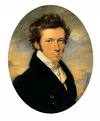


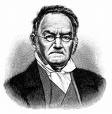




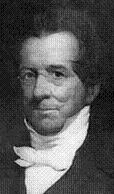


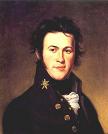











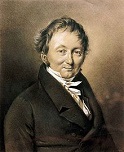


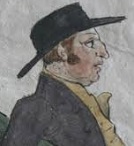



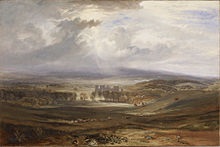

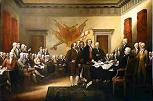
1817 Shit happens, worldwide edition? The big plans of white-is-right Britain to rule Da World with godlike superiority are foiled by a pesky bug that lives in all human shit, especially theirs? The First Cholera Pandemic of the 19th Cent. (ends 1824) (first of six by 1899, plus a 7th in 1961) begins in the Ganges River Delta of India, reaching Calcutta in Sept. and Bombay next year; until now, cholera never left overcrowded shit-filled India, but this time the white-is-right British Navy spreads it to Siam, Bangkok (killing 30K) and Manila in May 1820, Java, Oman, and Anhai, China in 1821, Japan, the Persian Gulf, Baghdad, and the Transcaucasus in 1822, and Astrakhan, Zanzibar, and Mauritius in 1823; luckily, the cold winter of 1823-4 finally stops it. On Jan. 1 Simon Bolivar lands in Barcelona, Venezuela (Orinoco region) with a small force of refugee insurgents from Haiti in an attempt to liberate it from Spain, promising to free the slaves and give confiscated properties to his victorious troops, and on Feb. 16 he scores a quick V against a Spanish royalist army at the Battle of Barcelona, establishes a rev. govt. at Angostura (founded 1764) (renamed Ciudad Bolivar in 1846), then wins a number of military Vs during the year; in 1824 Angostura Bitters are first made by pro-Bolivar German-born military surgeon Johann Gottlieb Benjamin Siegert (1796-1870) to help his patients; meanwhile Chile becomes independent from Spain after a successful revolt led by Argentinian gen. Jose San Martin (1778-1850) and Chilean gen. Bernardo O'Higgins (1778-1842), whose Army of the Andes, equipped with 10K pack mules crosses the Andes from Mendoza, Argentina and on Feb. 12 defeats the Spanish under Rafael Maroto at the Battle of Chacabuco near Santiago, followed on ? at the Battle of Chalchuapa, allowing them to capture Santiago; next year O'Higgins becomes the first pres. (supreme dir.) of the new Repub. of Chile (until 1823), and founds its navy under ex-Royal Navy rear adm. Thomas "Sea Wolf" Cochrane, whose flagship is the O'Higgins; O'Higgins goes on to abolish titles of nobility, support religious toleration, and impose new taxes, pissing-off merchants with protectionist measures. On Jan. 11 Timothy Dwight IV (b. 1752) dies, and Congregationalist minister Jeremiah Day (1773-1867) succeeds him as pres. #9 of Yale College (until 1846). On Jan. 16 the city of Baton Rouge, La. (Fr. "red stick") (founded in 1699 and settled in 1721) (modern-day pop. 229K/830K) on the E bank of the Mississippi River is incorporated, becoming the first U.S. state capital with a 2-word French name (next is Des Moines, Iowa). On Jan. 20 the Portuguese occupy Montevideo, Uruguay. In Jan. Dem.-Repub. candidates Monroe and Tompkins receive 183 electoral votes; the Federals, who don't nominate a candidate get 34 Federalist electoral votes for Rufus King of New York from Mass., Conn., and Delaware (the last Federalist candidate for pres.); "Monroe had the zealous support of nobody, and he was exempt from the hostility of everybody" (Rufus King). In Jan. after a rock is thrown through the glass window of the Prince Regent's coach on the way to the opening of Parliament, it passes the Gagging Acts suspending habeus corpus (until Mar. 1818); in Mar. after the economic depression in England worsens, the March of the Blanketeers from Manchester to London is halted at Stockport; meanwhile the Derbyshire Rising against low wages sees protesters armed with guns and pikes march on Notthingham until the army appears and they flee, after which the leaders are caught and beheaded; Luddite activity soon ceases - I know where you can find one, er, no I don't? On Mar. 4 Westmoreland Count, Va.-born Dem.-Repub. U.S. senator (1790-4), U.S. minister to France (1794-6), Va. gov. #16 (1811), U.S. secy. of war (1814-15), and U.S. secy. of state #7 (since Apr. 6, 1811) James Monroe (1758-1831), AKA "James the Second" (1st = Madison), "James the Lesser", "Last of the Cocked Hats" (still wears a tricorne), "the Era of Good Feelings President" becomes the 5th U.S. pres. (until Mar. 4, 1825) in the 8th U.S. Pres. Inauguration (last of the Va. dynasty, and the last Am. Rev. leader to become pres.), ushering in the Era of Good Feelings, where the Repubs. virtually absorb the Federalist program of nationalism and centralism, and the Federalists become kaput, leaving a 1-party system until Andrew Jackson's actions cause the creation of the Whig Party; Monroe becomes the first to commission official presidential china; on Mar. 4 former N.Y. gov. #4 (1807-17) Daniel D. (Decius?) Tompkins (1774-1825) becomes the 6th U.S. vice-pres. (until Mar. 4, 1825) after delivering his last message to the N.Y. legislature in Jan., causing it to pass a law setting all slaves free on July 4, 1827; Monroe becomes the only 2-term 19th cent. pres. with the same vice-pres. in both terms; First Lady is Elizabeth Kortright Monroe (1768-1830); on Nov. 13 Bladensburg, Md.-born William Wirt (1772-1834) becomes U.S. atty. gen. #9 (until Mar. 4, 1829), going on to last through the admin. of J.Q. Adams and become the first to turn the job into a position of influence. On Apr. 15 the Am. School for the Deaf (originally the Conn. Asylum for the Education and Instruction of Deaf and Dumb Persons) is founded by Mason Cogswell, Laurent Clerc, and Philly-born Thomas Hopkins Gallaudet (1787-1851), son of Peter Wallace Gallaudet, George Washington's personal secy. in Philly, who becomes its first principal, becoming the oldest school for the deaf in the U.S. to survive to modern times; his son Edward Miner Gallaudet goes on to found Gallaudet U. in 1864. On Apr. 28-29 the Rush-Bagot Treaty, negotiated by acting secy. of state Richard Rush and British minister Charles Bagot limits the number of U.S. battleships (revenue cutters) on the Great Lakes to a total of eight; the tradition of an unfortified border (longest in the world) begins. On May 10 English Romantic poet John Keats (1795-1821) writes a letter to Benjamin Robert Haydon telling about how he keeps a bust of Shakespeare beside him while writing, with the soundbyte: "I remember your saying that you had notions of a good Genius presiding over you. I have of late had the same thought - for things which I do half at Random are afterwards confirmed by my judgment in a dozen features of Propriety. Is it too daring to fancy Shakespeare this Presider?" On May 16 the first commercial steamboat service begins; the first showboat leaves Nashville on Oct. 20. On July 12 Pres. Monroe visits Portsmouth, N.H., one-upping Washington's visit of Oct. 31, 1789; meanwhile on July 12 the Columbian Centinel of Boston, Mass. first pub. the phrase "Era of Good Feeling", coined by journalist Benjamin Russell (1761-1845) for the Monroe admin. following his visit there. On July 26 the Ottoman sultan recognizes the new independent principality of Serbia, with capital at Belgrade, and the Second Serbian Uprising (begun 1815) ends with a V and partial autonomy for the Serbs, although they must pay a yearly infidel jizya tax to the sultan, who keeps a garrison in Belgrade until 1867; on Nov. 6 Milos Obrenovic I (1780-1860) is elected prince #1 of Serbia (until June 25, 1839); the Balkans begin breaking out of Muslim rule; too bad, Serbs are mainly Orthodox Catholic, leading to a split with the Roman Catholic Austrians, compounded by the German-Slav thang. In Aug.-Sept. Nizhni Novgorod Fair (transferred from Makaryev after a fire last year) becomes the first held for barter trade with the Orient through Siberia and Turkistan, and it continues to be held at irregular intervals until 1914. On Sept. 29 the Potawatomi Tribe signs a treaty ceding land in Ohio. On Oct. 18 liberal German students hold the Wartburg Festival, burning papers of reactionary leaders and writers, incl. Karl Ludwig von Haller (1768-1854) and August von Kotzebue (1761-1819). On Oct. 31 emperor (since 1780) Kokaku (d. 1840) abdicates in favor of his son Ninko (1800-46) (personal name Ayahito), who becomes Japanese Yamato emperor #120 (until Feb. 21, 1846), bowing to his daddy's wishes to be identified as "tenno", which becomes a custom. After Pindari horsemen begin raiding British territory, and Lord Hasting's troops take them on, the Third Anglo-Maratha (Mahratta) (Pindari) War begins in C India (ends 1818); on Nov. 5 (Diwali or Festival of Lights) the British resident in Pune attacks Baji Rao II, causing the Battle of Khadki, from which the whimp flees, getting captured next Apr. On Dec. 10 "Magnolia State" Mississippi (Miss.) is admitted as the 20th U.S. (slave) state after adopting the Miss. Constitution on Aug. 15; the legislature intially opens in Washington, but moves to Natchez, often meeting in the privately-owned Texada house. King Ferdinand's Organic Laws of 1817 end all special privileges of the Sicilians. The Caucasian War AKA the Russian Conquest of the Caucasus begins (ends 1864). The U.S. Navigation Act of 1817 restricts importation of West Indian produce to U.S. vessels or those belonging to West Indies merchants. Coowescoowe (Cooweescoowee) ("large white bird") (John Ross) (1790-1866), son of a Scottish immigrant and his three-fourths Cherokee wife is elected to the nat. committee of the Cherokee Council, and chosen to reply to the Great White Father of the U.S. commissioners, telling them that they flatly decline to sell Cherokee lands. Rev. John Williams (1796-1839) arrives in Tahiti to spearhead the drive of the London Missionary Society in the Pacific islands, fighting their gods Oro and Ta'aroa, their institution of "foul corpse" slaves that are used as hos and human sacrifices, their weird taboos such as no bananas for women, etc.; Pomare II (1782-1821) of Tahiti becomes a Christian and writes letters praising the white man's god (obviously powerful from the sight of those ships) Jehovah. Seminoles ("runaway" Creek refugees) attack white border settlements in Fla., causing an American counterattack which kills four and disperses the rest across the border into Fla.; Washington is called on to send the army to pursue the offenders into Spanish territory. John Quincy Adams is appointed Secy. of State by Pres. Madison. Louis Philippe returns to France, positioning himself as the future citizen king by putting his children in public schools, ingratiating himself with the middle classes, and gathering bourgeois leaders at his Palais Royal residence in Paris. The French establish dominance in Senegal and begin colonizing it. The British sailing ship HMS Diana sinks in the Malacca Strait as it heads for India carrying a large cargo of Chinese porcelain; it is found in Dec. 1993. Long Island, N.Y. Quaker investor Isaac Wright (1760-1832), Yorkshire, England-born Quaker merchant Jeremiah Thompson (1784-1835) et al. found the Black Ball Line, running four packet ships once a month between New York City and Liverpool, England, becoming the first regularly scheduled shipping route in the U.S., contributing to making New York the dominant port in the U.S.; its flag features a black ball on a red background. An English court authorizes a judicial duel between accused and accuser in a murder case. French pirate Jean Lafitte (1776-1825) is driven from his stronghold in Barataria Bay off the coast of New Orleans, La., and moves to Galveston Island, Tex., taking advantage of the absence of Louis-Michel Aury to found the pirate kingdom of Campeche (Campeachy), burning it to the ground and escaping at night in 1821 after the U.S. Navy gives him an ultimatum, causing rumors that he left buried treasure there; meanwhile Aury captures Old Providence Island in the W Caribbean on July 4, 1818 and sets up a base there; Barataria Bay goes on to become the center of the U.S. shrimping industry. The town of Dun Laoghaire (pr. duhn LAIR-uh) (Gael. "the fort of Laoghaire") 7 mi. SE of Dublin, Ireland is founded as the harbor town of Dunleary, then renamed Kingstown in 1821, and given its current name in 1920. The town of Muskogee, Okla. is founded on the S bank of the Verdigris River in NE Okla. SE of modern-day Tulsa, becoming home to the Muscogee Creeks, one of the Five Civilized Tribes (Cherokee, Chickasaw, Choctaw, Creek, Seminole) of the Mississippi River region of the SW U.S., who are known for keeping slaves, and are forced there after passage of the 1830 Indian Removal Act; in 1872 the Mo.-Kan.-Tex. Railroad reaches it; in 1889 a U.S. federal court is established there; by 1910 it has a pop. of 25K. N.H. finally discontinues tax support for its Congregational churches. The 300-member Zoarite (Society of Separatists of Zoar) religious sect, led by Ulm pipemaker Joseph Baumeler (Bäumeler) (Bimeler) relocates from Wurttemberg, Germany to Zoar inTuscarawas Count, Ohio, buying 5.5K acres and setting up a communal living experiment (ends 1898), at first struggling then benefitting from work on the Ohio and Erie Canal; in 2000 the pop. is 193. The slave trade is abolished on French-held Reunion Island, but the black slaves are not freed until 1948. The U.S. passes a law barring foreign traders from U.S. territories, allowing John Jacob Astor's fur biz to rebound and dominate trading in the Great Lakes area. The 11-ft.-tall Ohio Clock is placed in the U.S. Senate chamber, moving to the S door in 1859 (until ?) and becoming a mystery, incl. was it made in Ohio, and did senators stash whiskey in it? 52-y.-o. Eli Whitney marries the 31-y.-o. granddaughter of Jonathan Edwards - that'll get his cotton gin spinning? Irish poet Thomas Moore (1779-1852), who was appointed registrar of the admiralty court in Bermuda in 1803 and lived in England after hiring a deputy is forced to flee to Paris after being caught embezzling £6K; it comes out all right in the end, as in 1835 he receives a small pension. An article in the Aug. issue of Edinburgh Review coins the derisive term Lake Poets for Samuel Taylor Coleridge (1772-1834), Robert Southey (1774-1843), and William Wordsworth (1770-1850), who all live in the Lake District of Cumberland in NW England in the Cumbrian Mts., which incl. Buttermere Lake, Crummock Water, Derwentwater, Ennerdale Water, and Wast Water, and is known for coal and iron mining and sheep and dairy farming; they are all Romantics but otherwise there is no actual school, other than "sit on your butt and sell literary products rather than dirty your soft hands with manual labor"?; Wordsworth, Wellington et al. like to visit the Ladies of Llangollen (pr. thla-GOTH-len), eccentric Irish bluestockings who live in Plas Newydd House in Llangollen, Denbighshire; meanwhile Wordsworth goes conservative after his early enthusiasm for the ideals of the French Rev. is destroyed by the rise of Napoleon, and friend Sir Walter Scott works on his mind, causing his poetry to go lame? Junius Brutus Booth (1796-1852) becomes a star with his performance of Shakespeare's "Richard III" at the Covent Garden Theatre in London, becoming the rival of Edmund Kean. Franz Schubert begins his Schubertiaden concert parties in the houses of wealthy middle-classers, organized by his new apostles, poet-playwright Franz Grillparzer and singer Johann Michael Vogl. Lutheran and Reformed Churches in Prussia form an Evangelical Union. The Kunsthalle (Kunsthaus) (Ger. "art gallery") opens in Hamburg, Germany to mount art exhibitions. The U. of Ghent is founded in Ghent, Belgium by Netherlands king and Luxembourg grand duke (since Mar. 16, 1815) William I (1772-1843), opening on Oct. 9 with 16 profs. and 190 students, teaching humanities, law, medicine, and science, all in Latin; in 1830 after the Belgian Rev. of 1830, the new Belgian govt. becomes its admin., changing its name to State U. of Ghent; in 1930 it becomes the first Dutch-speaking univ. in Belgium; in 1991 it is granted autonomy, changing its name to Ghent U.; meanwhile William I founds the U. of Liege (Liège) in Liege, Wallonia, Belgium, with French as its official language. The U. of Mich. is founded on Aug. 26 in Detroit, Mich., moving in 1837 to Ann Arbor, Mich., named after two women founders named Ann plus the nice trees?; women are admitted in 1870; the sports teams are called the Wolverines (colors maize and blue). Radical satirical mag. The Black Dwarf is founded by William Hone (1780-1842). The Scotsman begins pub. in Edinburgh (until ?). Christopher North (real name John Wilson) (1785-1854), who inherited a fortune at age 21 then lost it in 1815 joins the staff of Blackwood's Edinburgh Mag., helping it establish a good rep., compiling Noctes Ambrosianae, a series of 71 articles which appear between 1822-35 consisting of literary-political conversations held at Ambrose's Tavern in Edinburgh (repub. 1866); in one he first calls popular Scottish poet James Hogg (1770-1835) "the Ettrick Shepherd". English writer Isaac Disraeli (1766-1848), who married Maria Basevi in 1802 and had four sons, incl. future PM Benjamin Disraeli (b. 1804) has himself and his children baptized in the Anglican Church. Bitburger Brewery is founded in Bitburg, Rhineland-Palatinate, Germany by Johann Wallenborn (1784-1830), rising to the 3rd best-selling brewery in Germany in modern times, with the slogans "Bitte ein Bit" and "Germany's Draft Beer no. 1". Mitre is founded in England to manufacture footballs, becoming the oldest manufacturer in modern times. Architecture: The Library of Congress bldg. is proposed (finished 1888). The U.S. begins construction of the Erie Canal between Buffalo, N.Y. and Albany, N.Y. (finished 1825). The Richmond Turnpike Co. begins operating the steam-powered Nautilus between New York City and Staten Island, captained by John De Forest, brother-in-law of 17-y.-o. Cornelius Vanderbilt (1794-1877) sets up the Staten Island Ferry; in 1838 Vanderbilt buys control, selling it to his brother Jacob Vanderbilt of the Staten Island Railway during the U.S. Civil War (1861-5), which opens in 1860; on July 30, 1871 (1:30 p.m.) the Westfield suffers a boiler explosion while sitting at South Ferry, killing 85 and injuring hundreds, causing Jacob Vanderbilt to be tried and acquitted of murder; by 1900 the fare is 5 cents, rising to 50 cents in 1990, pissing-off Staten Islanders, who vote in 1993 to secede from New York City and help Rudy Giuliani become New York City mayor, finally becoming free on July 4, 1997. After the sculptures that Napoleon deported to Paris are returned, the Braccio Nuovo (New Wing) of the Vatican Museum in Rome is begun (finished 1822). Sir Arthur Wellesly purchases Apsley House in the SE corner of Hyde Park, London from his brother Richard, improving it with the Waterloo Gallery and a 11'4" nude statue of his rival Napoleon. Inventions: On June 12 Karlsruhe-born German forest official Karl Freiherr von Drais (Karl Friedrich Christian Ludwig Freiheirr Drais von Sauerbronn) (1785-1851) demonstrates the ballbreaker Draisienne (AKA Laufmaschine, Draisine, Dandy Horse) in Mannheim, a 2-wheeled bicycle sans pedals that you walk on, becoming the first 2-wheeler vehicle, archetype of the bicycle; too bad, after it catches on and riders begin using the sidewalks and harassing pedestrians, it is banned in Germany, England, U.S., and Calcutta. The Apollonicon, a 5-keyboard instrument operated by five musicians that sounds like a symphony orchestra makes it debut in London. The first cartogram and the first statistical map are pub. by Baron Pierre Charles Francois Dupin (1784-1873) of France, who goes on to pub. the first chloropleth map in 1826, showing the distribution of illiteracy in France using shadings. Jean Baptiste Julien d'Omalius d'Halloy (1873-1875) pub. the first map clearly showing the geologic strata. Anthony A. Plantson (1774-1837) invents the dental plate - too late for Washington to plant some on? Science: The Hessian Fly (AKA Barley Midge), archenemy of wheat, barley, and rye is first described by Am. naturalist Thomas Say (1787-1834). Swedish chemists John August Arfwedson and Jons Jakob Berzelius discover the element lithium (Li) (#3), the lightest metal - did they or didn't they have the first 7-Up? Italian archeologist Giovanni Battista Belzoni (1778-1823), sent to Egypt in 1815 to construct a hydraulic engine for Mehmet Ali to raise the Nile clears away the sand from the entrance to Abu Simbel and discovers the tomb of Seti I, the finest royal tomb, causing it to become known as "Belzoni's Tomb". Swedish physician-chemist Jons (Jöns) Jacob Berzelius (1779-1848) discovers the chemical non-metal element Selenium (Se) (#34), named after the Moon after noting similarities with tellurim (named after the Earth) without knowing that its electrical conductivity varies with the intensity of sunlight (makes glass red too). Austrian Roman Catholic priest-mathematician Bernhard (Bernardus Placidus Johann Nepomuk) Bolzano (1781-1848), proves the Intermediate Value Theorem. After trying it in 1805 with the carotid artery, an again in 1808 with the iliac artery, English surgeon Sir Astley Paston Cooper (1768-1841) performs the first operation of tying the abdominal aorta for aneurism. French scientist Pierre Louis Dulong discovers the oxides of phosphorus. After establishing the first theory of electrolysis n 1806, Leipzig, Germany-born chemist Baron Christian Johann Dietrich Theodor von Grotthuss (1785-1822) pub. the Principle of Photochemical Activation, that only the light absorbed by a substance is used in producing a photochemical change (such as a photograph); after nobody listens, English-born Am. scientist John William Draper (1811-82) pub. it in 1842, causing it to be called the Grotthuss-Draper Law. French chemists Pierre Joseph Pelletier (1788-1842) and Joseph Bienaime (Bienaimé) Caventou (1795-1887) isolate chlorophyll and emetine from ipecacuanha. French chemist Pierre-Jean Robiquet determines the chemical strucutre of the opium alkaloid narcotine. Fredrich Strohmeyer discovers the element cadmium (Cd) (#48) in zinc ore (L. cadmia, Gr. Kadmeia). English physicist Thomas Young (1773-1829) proposes the Transverse Wave Theory of Light. Nonfiction: Philipp August Bockh (1785-1867), The Public Economy of Athens. Richard Carlile (1790-1843), Political Litany; an imitation of William Hone's Parodies, disguised attacks on church and state; pisses-off the British govt., which gives him 18 weeks. William Cobbett (1763-1835), Paper Against Gold, the History and Mystery of the Bank of England. Samuel Taylor Coleridge (1772-1834), Biographia Literaria; coins the term Esemplastic, meaning unifying. Georges Cuvier (1769-1832), Le Règne Animal (The Animal Kingdom) (4 vols.); his magnum opus, a summation of his life's work on comparative anatomy, containing apparent support for evolutionary change for the extinct mammoths et al., making a fan of Charles Darwin, although Cuvier rejects the idea of evolution in favor of cyclical destruction-creation events via deluges; also makes fans of Richard Owen and Louis Agassiz. William Temple Franklin (1760-1823) (ed.), The Private Life of the Late Benjamin Franklin [1706-90], LL.D., Originally Written by Himself, and Now Translated from the French (London); his grandson inherited his important papers then returned to England in 1792. William Hazlitt (1778-1830), Characters in Shakespeare's Plays. Georg Wilhelm Friedrich Hegel (1770-1831), The Philosophy of Spirit; Encyclopedia of the Philosophical Sciences; rev. ed. pub. in 1827, 1830. H.F.R. de Lamennais (1782-1854), Essai sur l'Indifference en Matiere de Religion (1817-21); defends lady and the tramp, er, papal and royal authority before he flip-flops and turns liberal in 1830? Juan Antonio Llorente (1756-1823), A Critical History of the Inquisition in Spain; digs up all the macabre fun and games for the last three cents. - the first Believe It or Not? James Parkinson (1755-1824), An Essay on the Shaking Palsy; first description of Parkinson's disease (paralysis agitans). Jean Paul (1763-1825), Political Lenten Sermons. David Ricardo (1772-1823), On the Principles of Political Economy and Taxation; explains the Law of Comparative Advantage, which makes it advantageous for England to trade cloth with Portugal in return for wine even though Portugal can produce both more cheaply; also the Law of Differential Rent, how wages seek the minimum subsistence level; also shows how the social classes have conflicting interests. Thomas Rickman (1776-1841), An Attempt to Discriminate the Styles of English Architecture, from the Conquest to the Reformation; bestseller; the first accurate history of English medieval Gothic ecclesiastical architecture, which becomes a std. work., causing the passage of the Second Church Building Act in 1818, which creates a demand for his services. James Riley (1777-1840), Sufferings in Africa (Authentic Narrative of the Loss of the American Brig Commerce by the Late Master and Supercargo James Riley); about how his U.S. merchant ship Commerce was shipwrecked off the coast of Western Sahara in Aug. 1815, and him and the crew captured by black Sahrawi natives, who kept them as white slaves, horribly mistreating them incl. forcing them to drink their own and camel urine; freaks out Abraham Lincoln, turning him against black slavery, causing him to claim it along with the Bible and Pilgrim's Progress as the most influential books of his life. Karl Ritter (1779-1859), Geographie in ihrer Beziehung zu Natur und Geschichte (Geography in Its Relationship with Nature and History). Comte Henri de Saint-Simon (1760-1825), L'Industrie, ou Discussions Politiques, Morales et Philosophiques (4 vols.) (1817-18); aristocrat who joined the French Rev., got rich, then was stolen blind by his partner, causing him to go into prophet mode proposes a new technocratic socialist society ruled by men of science and industrialists, causing a sensation and gaining him converts. Percy Bysshe Shelley (1792-1822) and Mary Shelley (1797-1851), History of a Six Week's Tour Through a Part of France, Sqitzerland, Germany, and Holland: With Letters Descriptive of a Sail Round the Lake of Geneva and the Glaciers of Chamouni; Romantic travel narrative. E. Sibley, Illustration of the Celestial Art of Astrology. Robert Southey (1774-1843), Wat Tyler; it is pirated, causing a seminal moment in British copyright history? Stendhal (1783-1842), Rome, Naples and Florence in 1817 (first work); his description of getting dizzy when exposed to a large amount of art in one place becomes known as the Stendhal Syndrome. Parson Mason Locke Weems (1759-1825), The Life of William Penn. Joseph Emerson Worcester (1784-1865), A Geographical Dictionary, or Universal Gazetteer, Ancient and Modern. Music: Muzio Clementi (1752-1832), Gradus ad Parnassum (piano studies). Heinrich Marschner (1795-1861), Titus (opera); Der Kiffhauser Berg (opera). Gioacchino Rossini (1792-1868), La Gazza (opera) (La Scala, Milan). Franz Schubert (1797-1828), Der Tod und Das Madchen (Death and the Maiden) (D531); An die Musik, D547 (lyrics by Schober); Die Forelle (The Trout), D550. Art: John Constable (1776-1837), Flatford Mill. John Flaxman (1755-1826), Maternal Love (sculpture). Caspar David Friedrich (1774-1840), Wanderer Above the Sea of Fog (Mist); the face is not visible, leaving the viewer guessing. Theodore Gericault (1791-1824), Race of the Riderless Horses in Rome. Bertel Thorvaldsen (1770-1844), A Shepherd Boy (1817-25). John Trumbull (1756-1843), The Declaration of Independence; 12 ft. x 18 ft.; shows the Committee of Five presenting the draft to the Second Continental Congress, with Thomas Jefferson and Benjamin Franklin in front, and John Adams, Roger Sherman, and Robert R. Livingston behind; ends up on the $2 bill. Plays: Clemens Brentano (1778-1842), Victoria. Firmin Didot (1764-1836), La Mort d'Annibal (tragedy). Franz Grillparzer (1791-1872), Die Ahnfrau (The Ancestress) (tragedy); makes him a star. Charles Robert Maturin (1782-1824), Bertram, or the Castle of St. Aldobrand (Drury Lane Theatre); backed by Lord Byron. Thomas Moore (1779-1852), Lalla Rookh. Poetry: Lord Byron (1788-1824), So, We'll Go No More a Roving (Feb. 28) (pub. in a letter to Thomas Moore); Manfred, written after his escape to Switzerland about Manfred's forbidden relationship with Augusta, er, Astarte; The Lament of Tasso. Samuel Taylor Coleridge (1772-1834), Sibylline Leaves. William Godwin (1756-1836), Mandeville. John Keats (1795-1821), Poems; incl. On First Looking into Chapman's Homer, To One Who Has Been Long in City Pent, I Stood Tip-Toe upon a Little Hill, Sleep and Poetry, which defends Romantic poet Leigh Hunt and disses Romantic poet Lord Byron. Thomas Moore (1779-1852), Lalla Rookh. Percy Bysshe Shelley (1792-1822), Mont Blanc: Lines Written in the Vale of Chamouni; Laon and Cyntha (The Revolt of Islam). Novels: Clemens Brentano (1778-1842), Geschichte vom Braven Kasperl und dem Schonen Annerl. Maria Edgeworth (1767-1849), Ormond. E.T.A. Hoffmann (1776-1822), Nachtstucke (2 vols.). Sir Walter Scott (1771-1832), Rob Roy; about Scottish hero Robert Roy MacGregor (1671-1734), adding to his fame; Glasgow Judge Bailie Nicol Jarvie, who comes to the aid of Frank Obaldistone. Robert Southey (1774-1843), Wat Tyler: A Dramatic Poem. Births: Am. physician (founder of the AMA) Nathan Smith Davis (d. 1904) on Jan. 9 near Greene, N.Y. Am. Civil War Confederate Lt. Gen. ("Old Bald Head") Richard Stoddert "Dick" Ewell (d. 1872) on Jan. 25 in Georgetown, Washington, D.C. French Socialist experimenter Jean Baptiste Andre Godin (d. 1888) on Jan. 26 in Esqueheries (Aisne). Am. Tex. Ranger Capt. John Coffee "Jack" Hays (d. 1883) on Jan. 28 in Wilson County, Tenn.; relative of John Coffee (1772-1833) and John Coffee Hays (1817-83); great-nephew of Pres. Andrew Jackson. English painter (Christmas card inventor) John Callcott Horsley (d. 1903) on Jan. 29 in London; son of William Horsley (1774-1858). Charles-Francois Daubigny (d. 1878) on Feb. 15 in Paris; son of a painter of miniatures; father of Karl Pierre Daubigny (1846-86). Am. Civil War Confed. brig. gen. (Freemason) Lewis Addison "Lo" Armistead (d. 1863) on Feb. 18 in New Bern, N.C. Dutch king (and grand duke of Luxembourg) (1849-90) William III (d. 1890) on Feb. 19 in Brussels; son of William II (1792-1849) and Anna Paulowna (1795-1865) (daughter of Peter I of Russia and Sophia Dorothea of Wurttemberg); marries first cousin Sophie, daughter of William I of Wurttemberg, then gets into royal cheating, causing the New York Times to call him "the greatest debauchee of the age". English "Hope", "Love and Life" Symbolist painter-sculptor George Frederic Watts (d. 1904) on Feb. 23 in Marylebone, London. Hungarian "Toldi Trilogy" poet ("the Shakespeare of Ballads") Janos Arany (d. 1882) on Mar. 2 in Salonta. English archaeologist Sir Austen Henry Layard (d. 1894) on Mar. 5 in Paris; of Huguenot descent; knighted in 1878. Am. Civil War Confederate Gen. Braxton Bragg (d. 1876) on Mar. 22 in Warrenton, Warren County, N.C.; brother of Thomas Bragg (1810-72). French glider pilot Jean Marie Le Bris (d. 1872) on Mar. 25 in Concarneau, Brittany. Italian lit. critic ("Founder of Modern Italian Literary Criticism") Francesco De Sanctis (d. 1883) on Mar. 28 in Morra Irpina, Campania. British radical secularist writer-ed. (atheist-agnostic) George Jacob Holyoake (d. 1906) on Apr. 13 in Birmingham; coiner of the terms "secularism" (1851) and "jingoism" (1878). Swiss chemist Jean Charles Galissard de Marignac (d. 1894) on Apr. 24 in Geneva; discoverer of ytterbium (1878); co-discoverer of gadolinium (1880). French Franco-Prussian War diplomat Vincent, Count Benedetti (d. 1900) on Apr. 29 in Bastia, Corsica. Am. Campbell's Soup co-founder Joseph Albert Campbell (d. 1900) on May 15 in Bridgeton, N.J.; partner of Abraham Anderson (1829-1915). Australian explorer John Ross (d. 1903) on May 17 in Bridgend, Scotland; emigrates to Australia in 1837. German Young Germany poet Georg Friedrich Rudolph Theodor Herwegh (d. 1875) on May 31 in Stuttgart; educated at the U. of Tubingen. Am. steam engine inventor George Henry Corliss (d. 1888) on June 2 in Easton, N.Y. U.S. Civil War Union Brig. Gen. Thomas Maley Harris (d. 1906) on June 17 in Wood County, Va. (W. Va.). Am. Mormon leader George A. (Albert) Smith (d. 1875) on June 26 in Potsdam, N.Y.; first cousin of Joseph Smith Jr. (1805-44). English botanist Sir Joseph Dalton Hooker (d. 1911) on June 30 in Halesworth, Suffolk. German naturalist (atheist)August Christoph Carl Vogt (d. 1895) on July 5 in Hesse; educated at the U. of Giessen, and U. of Bern. Swiss anatomist-pathologist Rudolph Albert von Kolliker (Kölliker) (d. 1905) on July 6 in Zurich. Am. agriculturist (founder of Greeley, Colo.) Nathanial Cook "Nathan" Meeker (d. 1879) on July 12 in Euclid, Ohio. Am. "different drummer" Transcendentalist writer ("the original American dropout") Henry David Thoreau (nee David Henry Thoreau) (d. 1862) on July 12 in Concord, Mass.; educated at Harvard U.; changes his name after finishing college, but never legally. English railway engineer Sir John Fowler, 1st Baronet (d. 1898) on July 15 near Sheffield; created baronet in 1890. Am. Civil War nurse "Old Mother" Mary Ann Ball Bickerdyke (d. 1901) on July 19 in Knox County, Ohio; moves to Galesburg, Ill. in 1856. U.S. Army surgeon-gen. Joseph K. Barnes (d. 1883) on July 21 in Philadelphia, Penn.; educated at Harvard U., and U. of Penn. Am. Mormon leader Benjamin Winchester (d. 1901) on Aug. 6. Portuguese trader-explorer (in Angola) Antonio Francisco Ferreira da Silva Porto (d. 1890) on Aug. 24 in Porto. English caricaturist John Leech (d. 1864) on Aug. 29 in London. English botanist Richard Spruce (d. 1893) on Sept. 10 near Ganthorpe (near Castle Howard), Yorkshire. German "Immensee" novelist Hans Theodor Wolsen Storm (d. 1888) on Sept. 14 in Husum, Schleswig-Holstein; born in "the grey town by the grey sea". Spanish statesman, realist poet and philosopher Ramon Maria de la Mercedes de Campoamor y Campoosorio (d. 1901) on Sept. 24 in Navia, Asturias; educated at the U. of Santiago; inventor of the dobora ("dramatic humorada"). Union Civil War Confed. gen. Bushrod Rust Johnson (d. 1880) on Oct. 7 in Belmont County, Ohio. Dutch Buys-Ballot's Law meteorologist-chemist Christoph Hendrik Diederik (Christophorus Henricus Diedericus) Buys Ballot (d. 1890) on Oct. 10 in Kloetinge. English "Our American Cousin" dramatist-critic-writer Tom Taylor (d. 1880) on Oct. 19 in Bishopwearmouth, Sunderland; educated at Trinity College, Cambridge U. German economist Wilhelm Georg Friedrich Roscher (d. 1894) on Oct. 21 in Hanover; educated at Gottingen U.; father of Wilhelm Heinrich Roscher (1845-1923); coiner of the term "enlightened absolutism" (1847). Am. Dem. politician James William Denver (d. 1892) (OE "green valley") on Oct. 23 near Winchester, Va.; namesake of Denver, Colo. French lexicographer-grammarian-encyclopedist Pierre Athanase Larousse (d. 1875) on Oct. 23 in Toucy, Yonne. French oleomargarine inventor Hippolyte Mege-Mouries (Mège-Mouriés) (d. 1880) on Oct. 24 in Draguignan. Persian Baha'i Faith founder Baha'u'llah (Mirza Husayn Ali Nuri) (Mírzá ?usayn-`Alí Núrí) (d. 1892) on Nov. 12 in Tehran; gets his divine revelation in 1852. British geologist Osmond Fisher (d. 1914) on Nov. 17; author of the first textbook on geophysics. Am. Civil War Union gen. Edward Richard Sprigg Canby (d. 1873) on Nov. 9 in Piatt's Landing, Ky. Am. atty.-diplomat John Bigelow (d. 1911) on Nov. 25 in Maiden-on-Hudson, N.Y.; educated at Union College; father of John Bigelow Jr. (1854-1936) and Poultney Bigelow (1855-1954). Am. Civil War Confed. Col. Thomas (Thompson) Saltus Lubbock (d 1862) on Nov. 29 in Charleston, S.C.; brother of Francis R. Lubbock (1815-1905). French mathematician Eugene (Eugène) Prouhet (d. 1867). Japanese samurai Shimazu Hisamitsu (d. 1887) (AKA Shimazu Saburo) on Nov. 28 in Kagoshima Castle. German #1 "History of Rome" historian (pioneer of epigraphy) Christian Matthias Theodor Mommsen (d. 1903) on Nov. 30 in Garding, Schleswig; educated at the U. of Kiel; son of Jens Mommsen (1783-1851) and Sophie Elisabeth Krumbhaar (1792-1855); husband of Marie Reimer (1832-1907), with whom he spawns a multi-generational family of German historians; father of Marie Mommsen (1855-1936), Karl Mommsen (1861-1922), Ernst Mommsen (1863-1930), and Hans Georg Mommsen (1873-1941). German Protestant historian Heinrich Karl Ludolf von Sybel (d. 1895) on Dec. 2 in Dusseldorf. Am. "The Mental Cure" New Thought leader Warren Felt Evans (d. 1889) on Dec. 23 in Rockingham, Vt.; pupil of Phineas Quimby. Am. poet-ed.-publisher James Thomas Fields (d. 1881) on Dec. 31 in Portsmouth, N.H.; ed. of Atlantic Monthly (1861-70). German philosopher-physician Rudolf Hermann Lotze (d. 1881) in Bautzen; educated at the U. of Leipzig. Danish #1 Romantic composer Niels Wilhelm Gade (d. 1890) in Copenhagen. Am. Ferrel Cell meteorologist-oceanographer William Ferrel (d. 1891) in Fulton County, Penn.; grows up in W. Va.; educated at Marshall College. Persian Baha'i faith founder Mirza Husayn Ali Nuri (Bahau'llah) ("glory of God") (d. 1892) in Tehran. English classical Greek scholar Benjamin Jowett (d. 1893) (pr. "JOE-it") in Camberwell; educated at Oxford U. Spanish poet-playwright Jose Zorrilla y Moral (d. 1893). English marine painter Sir Oswald Walters Brierly (d. 1894) in Chester; knighted in 1885. Am. black leader-journalist-statesman-lecturer Frederick Douglass (Frederick Augustus Washington Bailey) (d. 1895) in Md.; born a blackass slave boy, and works his way up to Mister? Hungarian chemist Janos Irinyi (d. 1895); inventor of the silent match. English psychiatrist-reformer Sir John Charles Bucknill (d. 1897) in Market Bosworth, Leicestershire; educated at Rugby School, and Univ. College, London. Japanese ceramic maker Keinyu XI (d. 1902). Deaths: French astronomer Charles Messier (b. 1730) on Apr. 12. Am. Rev. leader Thomas McKean (b. 1734) on June 24 in Philadelphia, Penn. French-Am. statesman Pierre Samuel du Pont de Nemours (b. 1739) on Aug. 7 in Greenville, Del. German chemist Martin Heinrich Klaproth (b. 1743) on Jan. 1. Scottish physician William Saunders (b. 1743). German archbishop Karl von Dalberg (b. 1744) on Feb. 10. Italian architect Giacomo Quarenghi (b. 1744) on Mar. 2 (Feb. 18 Old Style) in St. Petersburg, Russia. Polish leader Gen. Thaddeus Kosciuszko (b. 1746) on Oct. 15 in Solothurn, Switzerland. British adm. Sir John Thomas Duckworth (b. 1847) on Aug. 31. German geologist Abraham Gottlob Werner (b. 1749) on June 30. Irish orator John Philpot Curran (b. 1750) on Oct. 14: "Eternal vigilance is the price of liberty". Am. educator Timothy Dwight IV (b. 1752) on Jan. 11 in Cornwall, Conn. (prostate cancer). French restaurauteur Antoine Beauvilliers (b. 1754) on Jan. 31 in Paris; buried in Pere-Lachais Cemetery. English "Mutiny on the Bounty" Capt. William Bligh (b. 1754) on Dec. 7 on Bond St., London; his tomb in St. Mary's, Lambeth is topped with a breadfruit. Nigerian leader Usuman dan Fodio (b. 1754). French marshal Andre Massena (b. 1758) on Apr. 4 in Paris. Am. statesman Alexander James Dallas (b. 1759). British mineralogist Rev. William Gregor (b. 1761) on June 11 in Creed, Cornwall. Am. painter Edward Savage (b. 1761) on July 1 in Princeton, N.J. French composer Etienne Mehul (b. 1763). French writer Madame de Stael (b. 1766). Serbian leader Karadorde Petrovic (b. 1768) on July 24 in Radovanjski, Lug. English "Pride and Prejudice" novelist Jane Austen (b. 1775) on July 18 in Winchester (Addison's Disease or Hodgkin's Lymphoma); leaves the unfinished novel Sanditon (The Brothers) (pub. 1925); Mark Twain later writes that he'd like to "dig her up and beat her over the skull with her own shin-bone": "One half of the world cannot understand the pleasures of the other." Am. businessman Francis Cabot Lowell (b. 1775) on Apr. 10. Am. Va. gov. William Claiborne (b. 1775) on Dec. 30.





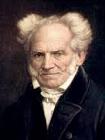













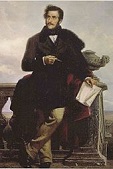

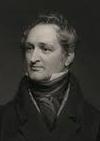







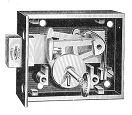



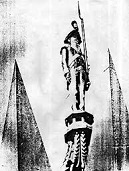
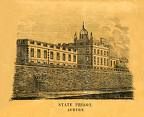
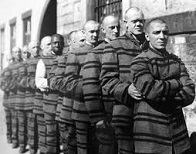
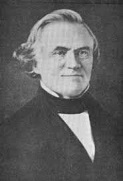
1818 On Jan. 1 after Pres. James Monroe and his wife Eliza moved back into the restored White House in Oct., it is officially reopened. On Feb. 5 Charles XIII (b. 1748) dies, and Marshal Jean Jules Bernadotte of France becomes King Charles XIV John (Carl John) (1763-1844) of Sweden-Norway (until Mar. 8, 1844), establishing a new royal dynasty which has an uneasy relationship with its artificially united partner Norway. On Mar. 16 5K Spanish troops under gen. Mariano Osorio (1777-1819) defeat 7K rebels in Chile under Jose de San Martin and Bernardo O'Higgins at the Second (Surprise) Battle of Cancha Rayada (first in 1814) near Talca, causing them to have to retreat and regroup in Santiago, scale the Andes, then get revenge on Apr. 5 at the Battle of Maipu (Maipú) near the Maipo River in the Andes with the help of the Virgin of Carmel, winning Chile's independence from Spain. In Mar. Simon Bolivar is defeated at the Battle of Puerto Cabello in N Venezuela, causing him to regroup, gather his scattered forces, and s ecure the services of a foreign legion composed of British and Irish soldiers of fortune. On Apr. 4 Congress decides on the design of the U.S. flag, fixing the number of stripes at 13, with one star for each state, the stars for each new state to be added on the first July 4 after its admission to the Union; the first such flag, made by the wife of the designer, U.S. naval officer Samuel Chester Reid is flown at the U.S. Capitol on Apr. 12. On Apr. 7 men's clothier Brooks Brothers (originally H. & D.H. Brooks & Co.) is founded at the NE corner of Catherine and Cherry Sts. in Manhattan, N.Y. by Henry Sands Brooks (1772-1833), becoming the oldest men's clothier to survive to modern times, with their suits becoming a std. among businessmen; the motto is: "To make and deal only in merchandise of the finest body, to sell it at a fair profit, and to deal with people who seek and appreciate such merchandise"; in 1833 his sons Edward, Elisa, Daniel, and John inherit the co., and in 1850 give it the current name, adopting the Golden Fleece trademark, emblem of the 15th cent. Knights of the Golden Fleece, using cotton harvested by slaves, going on to introduce the ready-to-wear suit in 1849 and button-down collar in 1896, the Ivy League sack suit in 1895, English foulard ties in the 189s, Harris Tweed in 1900, Madras fabric from India in 1902, the Shetland sweater in 1904, the polo coat about 1910, wash-and-wear shirts made of Brooksweave (blend of Dacron, polyester, and cotton) in 1953, argyles in 1957, no-iron 100% cotton dress shirts in 1998, outfitting 41 of 45 U.S. presidents incl. Ulysses S. Grant, Theodore Roosevelt, Herbert Hoover, JFK, Richard Nixon, Gerald R. Ford, George H.W. Bush, Bill Clinton, and Barack Obama; Abraham Lincoln, who is wearing one of their suits when he is assassinated, causing them to stop making off-the-rack black suits until 2003; too bad, during the U.S. Civil War they sell shoddy merchandise to the U.S. govt.; in 1935-46 the co. is headed by Winthrop Holly Brooks, who sells it to Julius Garfinckel & Co.; makes loyal customers of Hollyweird stars Fred Astaire, Barry Fitzgerald, Nina Foch, Clark Gable, Cary Grant, and Maria Riva, as well as TV execs Fred Friendly and Edward R. Kenefick; Ralph Lauren starts as a co. salesmen, going on to unsuccessfully try to trademark the Polo label; in July 2020 due to changing fashions and the COVID-19 crisis, it files for bankrupcy. The diplomatic achievement of the Monroe admin. that the cameras missed? On Apr. 16 the Rush-Bagot Agreement forming an unarmed U.S.-Canadian border at the 49th parallel is ratified by Congress; Pres. Monroe proclaims disarmament on the Great Lakes and Lake Champlain; on Oct. 20 the U.S. signs the Convention of 1818 with Great Britain, establishing the U.S.-Canadian border at the 49th parallel, from Lake of the Woods to the crest of the Rocky Mountains, and joint occupancy of the disputed Oregon country for 10 years (extended indefinitely in 1827); American fishing rights off the coasts of Labrador and Newfoundland are confirmed. On Apr. 28 the British Order of St. Michael and St. George is instituted by the Prince Regent (George IV). Jackson v. Seminoles: a blowout by halftime? Early in the year Secy. of War Calhoun authorizes a campaign against the Seminoles, and summons Gen. Andrew Jackson from Nashville to take command, giving him orders to pursue them into Spanish territory but not attack any Spanish post; Jackson writes Pres. Monroe saying that he could wind the whole thing up in sixty days if the latter gives an unofficial word through Tenn. Rep. John Rhea, and Jackson claims to receive such a letter, which Madison officially denies, but the former destroys it and goes on with what he was going to do anyway, pushing E through Fla. with a party of Tenn. volunteers and friendly Creeks, taking a Spanish post, and destroying Seminole settlements; he captures and on Aug. 26 executes two British intriguers, trader Alexander George Arbuthnot (b. 1748) and ex-British officer Robert Christie Ambrister; after pacifying the region from the Appalachicola to the Suwannee, on Apr. 18 the First Seminole War is ended with Indian defeat at the Battle of Suwanna; Jackson then goes W and seizes Pensacola, then returns to Nashville in June, only to find that his exploits have angered not only Madrid but Washington; Calhoun disciplines Jackson for disregard of orders, which causes bad blood between them. On May 26 Bavaria receives a constitution. On July 4 Congress authorizes a new U.S. flag with 20 stars (design #3), which now incl. the states of Tennessee, Ohio, Louisiana, Indiana, and Mississippi - the first change since 1795 - and Illinois misses it by a nose? On Aug. 26 "Prairie State" Illinois (Ill.) adopts a Ill. Constitution, and is admitted as the 21st U.S. (free) state on Dec. 3. On Sept. 16 at Ellisburgh, N.Y. a gentleman witnesses a "hairy animal" which runs away, becoming the first Bigfoot sighting? On Oct. 12 "nutmeg state" Conn. adopts a new constitution. On Oct. 18 the U. of Bonn (originally the Rhein U.) is founded by Frederick William III as the successor to the Kurkolnische (Kurkölnische) Bonn (founded in 1777); alumni incl. Frederick III, Heinrich Heine, Friedrich Nietzsche, Karl Marx, Konrad Adenauer, Joseph Schumpeter, Prince Albert, and Pope Benedict XVI. On Oct. 19 the U.S. signs a treaty with the Chickasaw, one of the Five Civilized Tribes of the SE U.S. (Cherokee, Choctaw, Creek, Seminole); they are all forcibly removed to Indian Territory in Okla. by 1842. The allies evacuate their troops from France. The Treaty of Vienna gives Malacca (taken 1811) back to the Dutch. After a civil war between two native factions, Haitian-born mulatto Jean-Pierre Boyer (1776-1850) becomes pres. of the Repub. of Haiti (until 1843), bringing all of Haiti and Santo Domingo under his rule by 1821. Prussia abolishes internal customs. The dominions of the Holkar of Indore, the Rajput States and Poona (Pune) come under British control. Greek-born gen. Ibrahim Pasha (1789-1848), adopted son of Mehmet Ali destroys the Wahhabi capital of Deriye (Dariyah) after a long siege, and captures Wahhabi leader (since 1814) Abdullah ibn Saud, who is taken to Constantinople and beheaded, and his head thrown into the Bosphorus. Afghanistan PM Fath Khan is assassinated by Mahmud Shah's jealous son Kamran, causing a badal (vendetta), during which Dost Muhammad, brother of Fath Khan drives Mahmud Shah out of Kabul to Herat, which he rules until his 1829 death. U.S. ports are closed to all British vessels arriving from a colony that is legally closed to vessels of the U.S. (i.e., the West Indies). Gakpe overthrows his mean cruelmad brother Adandozan (ruled since 1797) and becomes Ghezo (-1858), king #9 of Dahomey (Benin) in W Africa (until 1858), going on to put clothes on his 4K naked Amazon warriors and upgrade his army with guns and sabers; his symbol is a clay jar sieve to emphasize how everybody has to put their hand in to plug up the holes. The Cumberland Road reaches Wheeling, Va. on the Ohio River. Solomon Juneau (1793-1856) arrives in Wisc., and organizes and becomes the first mayor of Milwaukee in 1846. British explorers Sir John Ross (1777-1856) and Sir William Edward Parry (1790-1855) launch twin expeditions to Baffin Bay. Conn. discontinues tax support for its Congregationalist churches. August von Schlegel is appointed prof. of Indian languages at Bonn. Georg Wilhelm Friedrich Hegel succeeds Johann Fichte (d. 1814) as prof. of philosophy at Berlin. Lord Byron swims the Venice Canal. By this year composer Ludwig van Beethoven (b. 1770) is deafy deaf deaf, and all conversation with him is done with written notes - what? Franz Schubert becomes summer music teacher to the three daughters of Count Johann Esterhazy at Zelasz, his estate in W Hungary. Peeping on Pepys? The Master of Magdalene College discovers six vols. by Samuel Pepys (1633-1703) in the college library, and gives them to former foreign secy. Lord Grenville for decipherment; he gives them to Magdalene student John Smith (later rector of Baldock in Hertfordshire), who finally decodes the cipher in 1822; they turn out to be his diary for the years 1660-9, and are first pub. in 1825. The non-conformist Liberal Manchester Observer newspaper is founded in Manchester, England to push a radical pro-labor agenda of reallocating rotten and closed borough Parliamentary seats to industrial towns incl. Manchester; it is closed by the govt. in 1821. English Quaker educator Joseph Lancaster (1778-1838) visits the U.S. and Canada promoting his Lancasterian (Monitorial) System of primary school ed., based on Andrew Bell's system, in which older students help younger students to take the load off the adults - like Eddie and Wally teach the Beaver? Breck's begins shipping tulip bulbs from Holland. Dalhousie U. in Halifax, N.S. Canada is founded by Nova Scotia gov. the 9th earl of Dalhousie using money acquired from duties collected during the occupation of parts of Maine in the War of 1812; it is open to all regardless of class or creed and "founded on the principles of religious tolerance", becoming of the few Canadian univs. founded on secular principles. Saint Louis U. in St. Louis, Mo. is founded by the Jesuits. Russian Count Serge Uvarov (1786-1855) becomes pres. of the Russian Academy of Sciences (until 1855), going to be appointed education minister in 1833-49, from which pulpit he preaches the official imperial ideology of "Orthodoxy, Autocracy, and Nationality", even though personally he is a liberal atheist who prefers French-German lit. over Russian? - financing available? German writer August Friedrich Ferdinand von Kotzebue (1761-1819), who was Russian consul gen. in Konigsberg in 1817 founds Literarisches Wochenblatt (Literary Weekly) in Weimar to fight liberal ideas, then moves with it to Mannheim. French philosopher Auguste Comte (1798-1857), a graduate of the Ecole Polytechnique where he acquired a knowledge of his philosophy of Saint-Simonism meets his hero, ruined aristocrat Comte Henri de Saint-Simon (1760-1825) in Paris, becoming his secy. (until 1824), and next year they begin pub. L'Organisateur, with Comte founding the discipline of Sociology and coining the term. The Farmer's Almanac is founded in Morristown, N.J. by David Young and Jacob Mann; in 1851 Samuel Hart Wright succeeds Young, and is succeeded in 1875 by his son Berlin Hart Wright; in 1934 Ray Geiger becomes ed., followed in 1994 by his son Peter Geiger; each new ed. is released in Sept., and covers 16 mos., covering seven U.S. climatic zones using a "top secret mathematical and astronomical formula, that relies on sunspot activity, tidal action, planetary position and many other factors"; the forecaster is named Caleb Weatherbee; 80% forecast accuracy is claimed by the publishers, but meteorologists regard it ias pseudoscience. 23-y.-o. British poet John Keats (b. 1795) falls in love with and gets engaged to Fanny Brawne (1800-65), but keeps it a secret, exchanging love letters which become famous - a lot of men have that problem? J. Henry Schroder & Co. is founded in London to guarantee bills of exchange, founding merchant banking, and eventually becoming Citigroup. Sports: The first prof. horse race in the U.S. is held. Architecture: Auburn Prison (later Auburn Correctional Facility in 1970) in Auburn, N.Y. opens on land that once housed a Cayuga village, becoming the 2nd state prison in N.Y. after Newgate, becoming known for the Auburn (New York) System of solitary confinement, stripey uniforms, lockstep, silence, and harsh labor in congregate workshops, created by warden #2 (1821-25) Capt. Elam Lynds (1784-1855), which he brings with him to Sing Sing in 1825-30; in 1848 the Copper John statue of an Am. Rev. War statue is mounted atop the facility; too bad, it has a big stiff dong, which is filed off in Aug. 2004; in 1890 Auburn becomes the site of the first court-ordered electrocution. Mass. Gen. Hospital (founded 1811), designed by Charles Bulfinch (1763-1844) begins construction (finished 1823); meanwhile after a weeklong visit with Pres. Monroe he is appointed to succeed Benjamin Henry Latrobe (who resigned last Nov. 20) as architect for the new neoclassical U.S. Capitol Bldg., which begins construction (finished 1830); too bad, the Old Hall of the House, finished in 1819 has a smooth curved ceiling that causes annoying echoes, causing it to be rebuilt in 1850-7. Inventions: English chemist Charles Bell invents an improved silver dental amalgam which he calls Bell's Putty. Seth Boyden (1788-1870) of Newark, N.J. invents hard shiny boot-worthy patent leather using linseed oil, and begins commercial manufacture on Sept. 20, 1819; too bad, he never patents patent leather, and dies broke trying to develop hybrid strawberries? Am. inventor John Callen receives a patent for magnesium hydroxide (milk of magnesia). Jeremiah Chubb (1793-?) of Portsmouth, England patents the Chubb Detector Lock in Feb., with a detector mechanism that disables it if tampered with, and he and his brother Charles Chubb (1779-1846) found Chubb's Lock and Safe Co., going on to patent a burglar-resistant safe in 1837 and expand into the #1 British safe co.; the Chubb detector lock is finally picked in the Great Exhibition of 1851 by Alfred Charles Hobbs (1812-91), inventor of the competitor Hobbs Protector Lock, which a Chubb locksmith picks in 1854. Scottish chemist Charles Macintosh (1766-1843) invents waterproofing of fabrics with india rubber after making it soluble with naphtha. Eli Whitney invents the milling machine. indirect hot-air kilning of malted grain is introduced to replace direct-smoke kilning in beer brewing, eliminating bad flavors and allowing pale malt to be dependably produced. Science: Giovanni Belzoni discovers the entrance to the Pyramid of Khafre. Jons Jakob Berzelius pub. the molecular weights of 2K chemical compounds. English scholar William Buckland obtains a large lower jaw fossil containing sharp teeth, and in 1824 gives it the name Megalosaurus (great lizard), becoming the first dinosaur to be scientifically named. J.F. Encke discovers the orbit of Encke's Comet. F. de Larderel discovers geothermal energy. Pierre Joseph Pelletier and Joseph Bienaime Caventou isolate strychnine from Nux vomica. Baron Louis-Jacques Thenard discovers hydrogen peroxide. Nonfiction: Friedrich Wilhelm Bessel (1784-1846), Fundamenta Astronomiae; catalog of 3,222 stars, computed from observations made by English astronomer royal James Bradley (1693-1762) (pub. in 1798-1805) after applying his theory of instrumental errors. William Cobbet (1763-1835), English Grammar. Josef Dobrovsky (1753-1929), History of the Czech (Bohemian) Language and Its Older Literature; proves how cool the language is, causing a revival, and causing chairs in the Czech language to be established at the U. of Prague and U. of Vienna. Timothy Dwight (1752-1817), Theology, Explained and Defended (5 vols.) (1818-9) (posth.). Theophilus Ransom Gates (1787-1846), The Life and Writings of Theophilus R. Gates; 2nd ed. Henry Hallam (1777-1859), The View of the State of Europe during the Middle Ages (3 vols.) (first work) (his greatest?). William Hazlitt (1778-1830), Lectures on the English Poets. James Mill (1773-1836), History of India; criticizes the British admin. of India. Arthur Schopenhauer (1788-1860), The World as Will and Representation (Idea) (Die Welt als Wille und Vorstellung) (Dec.); 2nd ed. 1844; his magnun opus; claims that the world is driven by a continually-dissatisfied will that is ever seeking satisfaction; "The truth was recognized by the sages of India"; the pull of "transcendental ideality" turns him into an atheist; calls the genital organs the focus of the will - he was thinking with his dick and driven by his balls? Music: Ludwig van Beethoven (1770-1827), Piano Sonata No. 29 in B flat major, Op. 106 ("Hammerklavier Sonata"); dedicated to his patron Archduke Rudolph of Austria, with the opening chords supposed to suggest the words "Vivat, vivat Rudolphus!"; took two agonizing years to write? Francois-Adrien Boieldieu (1775-1834), Le Chaperon Rouge (comic opera) (Paris). Gaetano Donizetti (1797-1848), Enrico, Conte di Borgogna (opera) (Nov. 14) (Teatro San Luca, Venice) (3rd composed and 1st to be performed); libretto by Bartolomeo Merelli; incl. Elisa! Elisa! Oh! Me infelice... Care aurette. Franz Xaver Gruber (1787-1863), Stille Nacht, Heilige Nacht (Silent Night, Holy Night); the original lyrics were written in 1816 in Mariapfarr by Austrian priest Josef Mohr (1792-1848); the organ is broken, so Gruber rewrites the hymn to be sung with guitar at Midnight Mass on Dec. 24. Heinrich Marschner (1795-1861), Saidar und Zulima (opera). Gioacchino Rossini (1792-1868), Mose in Egitto (Moses in Egypt) (opera) (Naples). Franz Schubert (1797-1828), Symphony No. 6 in C major, D589; Overture in the Italian Style, D590 (Mar. 1) (Theater an der Wien) (first of his works to be performed in public). Art: Caspar David Friedrich (1774-1840), The Chalk Cliffs of Rugen (Rügen). Theodore Gericault (1791-1824), Portrait of the Child Louise Vernet (1818-9). Edwin Landseer, Fighting Dogs. Plays: Thomas Bowdler (1754-1825) (ed.), The Family Shakespeare; censors (bowdlerizes) all the sexual material and blasphemies by expurgation and paraphrase. Franz Grillparzer (1791-1872), Sappho (tragedy) (Apr. 21) (Vienna); her renunciation of human love. Johann Ludwig Uhland (1787-1862), Ernst, Herzog von Schwaben. Poetry: Lord Byron (1788-1824), Beppo; about Venetian woman Laura, whose husband Giuseppe "Beppo" has been lost at sea for three years and enslaved by the Turks, then escaped and went pirate before returning. Leigh Hunt (1784-1859), Foliage. John Keats (1795-1821), Endymion; based on the myth of Endymion and the moon goddess; panned by Blackwood's Mag. and Quarterly Review, who call his friend Leigh Hunt's circle "the Cockney school of poetry" and advise Keats to go back to medical work; when he dies early, they get blamed? Alphonse de Lamartine (1790-1869), Saul. Thomas Moore (1779-1852), The Fudge Family in Paris. Percy Bysshe Shelley (1792-1822), Ozymandias (Jan. 11) (pub. in The Examiner); , about Egyptian Pharaoh Rameses II; "Of that colossal wreck, boundless and bare/ the lone and level sands stretch far away." Novels: Jane Austen (1775-1817), Northanger Abbey (posth.); the first novel she wrote, about Catherine Morland, who goes to Bath; Persuasion (posth.); her last completed novel; the first novels pub. under her real name, both set in Bath, where she lived in 1801-5. Susan Edmonstoune Ferrier (1782-1854), Marriage (first novel). Thomas Love Peacock (1785-1866), Nightmare Abbey (Nov.); Gothic satire of the Romantic movement; Rhododaphne. Sir Walter Scott (1771-1832), Heart of Midlothian; a medieval prison in Canongate, Edinburgh. Mary Wollstonecraft Shelley (1797-1851), Frankenstein; or, The Modern Prometheus (3 vols.) (Jan. 1); pub. anon. Gothic romance novel about a mad scientist who makes a corpse live again via electricity; she got the idea while in a trance based on the writings of alchemists about creating a homunculus in a test tube, "a pale student of the unhallowed arts [grave-robbing] kneeling beside the thing he had put together"; "I ought to be thy Adam, but I am rather the fallen angel"; "I beheld the wrath of the miserable monster whom I had created"; "I curse (although I curse myself) the hands that formed you" - could it have really been based on her hubby Percy's anatomy? Births: German physician-pathologist (Jewish) (co-founder of experimental pathology) Ludwig Traube (d. 1876) on Jan. 12 in Ratisbor, Silesia; brother of Moritz Traube (1826-94). English "Good King Wenceslas" Anglican divine and hymnodist John Mason Neale (d. 1866) on Jan. 24 in London; educated at Trinity College, Cambridge U. Am. politician (Republican Party co-founder) George Sewall Boutwell (d. 1905) on Jan. 28 in Brookline, Mass. Spanish pretender Infante Don Carlos Luis de Borbon (Borbón) y Braganza, Count of Montemolin (Carlos VI) (d. 1861) on Jan. 31 in Madrid; elder son of Infante Don Carlos Maria Isidro (1788-1855) and 1st wife Maria Francisca de Braganca. German architect Detlief Lienau (d. 1887) on Feb. 17 in Uetersen; emigrates to the U.S. in 1848; teacher of Henry Janeway Hardenbergh (1847-1918). Am. Lone Star Flag creator Joanna (Johanna) Troutman (d. 1879) on Feb. 19 in Baldwin County, Ga. Russian gen. Konstantin Petrovich von Kaufmann (d. 1882) on Mar. 2 in Deblin, Poland; of German (Holstein) descent. Am. financier James Boorman Colgate (d. 1904) on Mar. 4 in New York City. Polish Joachimsthal's Equation mathematician Ferdinand J. Joachimsthal (d. 1861) on Mar. 9 in Goldberg, Silesia (Zlotoryja, Poland); educated at the U. of Berlin. Am. Civil War Confed. brig. gen. George Wythe Randolph (d. 1867) on Mar. 10 in Monticello, Va.; son of Thomas Mann Randolph Jr. (1768-1828) (descendant of Pocahontas) and Martha Jefferson Randolph (1772-1836) (daughter of Thomas Jefferson). French ballet dancer-choreographer Marius Ivanovich Petipa (d. 1910) on Mar. 11 in Marseille; ballet master of the St. Petersburg Imperial Theaters (1871-1903). German economist Friedrich Wilhelm Raiffeisen (d. 1888) on Mar. 30 in Hamm (Sieg); pioneer of cooperative saving banks. Belgian orientalist painter Jean Francois Portaels (d. 1895) on Apr. 3 in Vilvoorde; pupil of Francois Joseph Navez. Danish king (1863-1906) Christian IX (d. 1906) on Apr. 8 in Gottorp; 4th son of Duke Friedrich Wilhelm of Schleswig-Holstein and Princess Louise Caroline of Hesse; great-grandson of Frederik V; great-great-grandson of George II of Britain. German organic chemist August Wilhelm von Hofmann (d. 1892) on Apr. 8 in Giessen; starts out as asst. to Justus von Liebig at the U. of Giessen; discovers the Hofmann Reaction to convert amides to amines (one fewer carbon atom). Am. "Josh Billings" humorist Henry Wheeler Shaw (d. 1885) on Apr. 21 in Lanesborough, Mass. Am. politician-soldier and Gen. Mills founder (epileptic) Cadwallader Colden Washburn (d. 1882) on Apr. 22 in Livermore, Maine; one of seven brothers incl. Elihu B. Washburne (1816-87). English historian James Anthony Froude (d. 1894) on Apr. 23 in Dartington, Devonshire; educated at Westminster School, and Oriel College, Oxford U.; brother of Richard Hurrell Froude (1803-36) and William Froude (1810-79); after joining the Anglo-Catholic Oxford Movement and becoming an Anglican deacon in 1844, then making friends with Thomas Carlyle, who turns him anticlerical and gets him to withdraw from the ministry in 1872 after pub. the scandalous novel "The Nemesis of Faith" in 1849, goes historian and becomes Carlyle's lit. executor. Russian Romanov tsar #16 (1855-81) (who emancipates the serfs and is assassinated) Alexander II Nikolaevich "the Liberator" (d. 1881) on Apr. 29 in Moscow; eldest son of Nicholas I (1796-1855) and Alexandra Feodorovna (Charlotte of Prussia) (1798-1860). German philosopher and Marxism founder (Jewish) Karl Heinrich Marx (d. 1883) on May 5 in Trier, Prussia; father Heinrich Marx (Herschel Mordechai) (1777-1838) is a Jewish lawyer who converts to Lutheranism to practice law and admires Voltaire; Netherlands-born mother Henrietta Pressburg is a Jew-turned-Lutheran; educated at the U. of Bonn, U. of Berlin, and U. of Jena; husband (1843-) of Jenny von Westphalen (1814-81). Swiss "The Civilization of the Renaissance in Italy" art historian Carl (Karl) Jacob Christoph Burckhardt (d. 1897) on May 25 in Basel. French chef Urbain Dubois (d. 1901) on May 26 in Trets; creator of Veal Orloff. Am. suffragist and manly woman Amelia Jenks Bloomer (d. 1894) on May 27 in Homer, N.Y. Dutch opthalmologist Franciscus Donders (d. 1889) on May 27 in Tilburg. Am. Civil War Confederate gen. ("Napoleon in Gray") ("Little Napoleon") ("Little Creole") Pierre Gustave Toutant "P.G.T." Beauregard (Fr. "good-looking") (d. 1893) on May 28 in St. Bernard Parish (near New Orleans), La. Scottish empirical philosopher-psychologist (founder of Mind) Alexander Bain (d. 1903) on June 11 in Aberdeen; educated at Marischal College. French "Ave Maria", "Faust", "Romeo and Juliette" composer Charles Francois Gounod (d. 1893) on June 18 in Paris; studies at the Paris Conservatoire under Jacques Halevy et al. English Wallace Fountains art collector Sir Richard Wallace, 1st Baronet (d. 1890) on June 21; illegitimate son of son of Richard Seymour-Conway, 4th marquess of Hertford (1800-70); created baronet in 1872. Am. Civil War Confed. gen. John Stuart "Cerro Gordo" Williams (d. 1898) on July 10 near Mount Sterling, Ky.; educated at Miami U. Am. Civil War Union gen. Nathaniel Lyon (d. 1861) on July 14 in Ashford, Conn.; graduates #11 of 52 from West Point in 1841; first Union gen. to be killed in the U.S. Civil War. Austrian-Hungarian physician ("Savior of Mothers") Ignaz Philipp Semmelweis (d. 1865) on July 18 in Taban, Buda; father is German shopkeeper; puerperal fever fighter, he ends up reducing the mortality rate of women in childbirth from 16% to less than 1%, although he pisses-off other physicians by telling them they're killing their patients by not washing their hands and sterilizing their instruments. English "Wuthering Heights" author (2nd of three Bronte sisters, with Charlotte and Anne) Emily Jane Bronte (Brontë) (AKA Ellis Bell) (d. 1848) on July 30 in Thornton, Yorkshire. Am. astronomer Maria Mitchell (d. 1889) on Aug. 1. French Provencal Felibrige writer Joseph Roumanille (d. 1891) on Aug. 8 in Saint-Remy (Bouches-du-Rhone); starts out writing poems in French then switches to Provencal when people in his native area can't understand them. Am. suffragist-abolitionist Lucy Stone (d. 1893) on Aug. 13 near West Brookfield, Mass. Spanish cigar manufacturer Vicente Martinez-Ybor (d. 1896) on Sept. 7 in Valencia, Spain. Am. gatling gun inventor Richard Gordon Gatling (d. 1903) on Sept. 12 in Money's Neck, Hertford County, N.C. Am. anti-Mormon activist-publisher Thomas Coke "Old Tom" Sharp (d. 1894) on Sept. 25 in Mount Holly, N.J.; son of a Methodist preacher; educated at Dickinson College. German chemist Adolph Wilhelm Hermann Kolbe (b. 1884) on Sept. 27 in Elliehausen (near Gottingen); pupil of Friedrich Wohler and Robert Wilhelm Bunsen. U.S. Sen. (D-Tex.) (1887-91) John Henninger Reagan (d. 1905) on Oct. 8 in Sevier County, Tenn. English Mudie's Lending Library founder Charles Edward Mudie (d. 1890) on Oct. 18 in Chelsea, London. French Parnassian poet Charles Marie Rene (René) Leconte de Lisle (d. 1894) on Oct. 22 on Reunion Island. British Conservative politician Stafford Henry Northcote (pr. like Northcut), 1st Earl of Iddesleigh (d. 1887) on Oct. 7 in London; educated at Eton College, and Balliol College, Oxford U. Italian "Inno di Mameli" nat. anthem songwriter Michele Novaro (d. 1885) on Dec. 23. Am. politician and Civil War Union Gen. ("the Beast of New Orleans") Benjamin Franklin Butler (d. 1893) on Nov. 5 in Derfield, N.H. Russian "Fathers and Sons" novelist Ivan Sergeyevich Turgenev (Turgenieff) (Turgeniev) d. 1883) on Nov. 9 in Orel (Oryol). Am. Smithsonian Inst. Bldg. architect James Renwick Jr. (d. 1895) on Nov. 11 in Bloomingdale, Manhattan, N.Y.; son of James Renwick (1790-1863); educated at Columbia U. Am. ethnologist-anthropologist Lewis Henry Morgan (d. 1881) on Nov. 21 in Aurora (near Rochester), N.Y.; starts out as an atty., gets interested in anthropology, and becomes an honorary Iroquois named Tayadaowuhkuh ("bridging the gap") in 1947 - the guy's got a really strong accent and his name is Bob? U.S. First Lady (1861-5) Mary Ann "Mollie" Todd Lincoln (d. 1882) in Lexington, Ky. on Dec. 13; slaveholder parents; wife of U.S. pres. Abraham Lincoln (1809-65); mother of Robert Todd Lincoln (1843-1926), Edward Baker Lincoln (1846-50), Willie Lincoln (1850-62), and Tad Lincoln (1853-71). Am. painter Charles Deas (d. 1867) on Dec. 22 in Philadelphia, Penn. Am. Truth Seeker ed. (Shaker-turned-Freethinker) DeRobigne Mortimer "D.M." Bennett (d. 1882) on Dec. 23. English physicist James Prescott Joule (d. 1889) on Dec. 24 in Salford (near Manchester), Lancashire; son of a brewery owner; a spinal disorder makes it necessary to be schooled at home, and chemist John Dalton is one of his teachers. Am. "Lincoln: The True Story of a Great Life" atty.-biographer (alcoholic) William Henry Herndon (d. 1891) on Dec. 25 in Greensburg, Ky.; educated at Ill. College; friend and law partner (1844-65) of Abraham Lincoln, whom he abandoned when he went to the White House, getting even in a 1889 bio. that airs his dirty laundry. Irish opera singer Catherine Hayes (Bushnell) (d. 1861) in Limerick; first Irish-born opera diva. Norwgian lyric poet and satirical essayist Aasmund Olafsson Vinje (d. 1870). English-Australian artist Henry C. Gritten (d. 1873) in London; emigrates to Australia in 1853. Irish sculptor John Henry Foley (d. 1874). French archeologist Victor Place (d. 1875). British sculptor Matthew Noble (d. 1876). Am. prospector William Greeneberry "Green" Russell (d. 1877) in S.C.; grws up in Ga. Italian Jesuit astronomer Pietro Angelo Secchi (d. 1878). Canadian Toronto Globe politician-journalist George Brown (d. 1880) in Alloa (near Edinburgh), Scotland; emigrates to Canada in 1844. Irish poet Cecil Frances Humphreys (d. 1895). Deaths: English gov.-gen. #1 of India (1773-85) Warren Hastings (b. 1732) on Aug. 22. Am. Rev. War hero and silversmith Paul Revere (b. 1735) on May 10 in Boston, Mass.; his portrait later graces the $5K Series EE U.S. Savings Bond. Prussian field marshal Friedrich Adolf von Kalckreuth (b. 1737) on June 10 in Berlin; Dictees du Feldmarechal Kalckreuth are pub. by his son in 1844. Am. Rev. War loyalist poet-minister Jonathan Odell (b. 1737) on Sept. 25 in Newark, N.J. French Abbe Francois Simonet de Coulmier (b. 1741) on June 4. Italian composer Giuseppe Gazzaniga (b. 1743) on Feb. 1 in Lombardy. Swiss "The Swiss Family Robinson" writer Johann David Wyss (b. 1743) on Jan. 18 in Berne. U.S. First Lady (1797-1801) Abigail Smith Adams (b. 1744) on Oct. 28 in Quincy, Mass.; dies after 54 years of marriage to John Adams: "These are times in which a genius would wish to live. It is not in the still calm of life, or the repose of a pacific station, that great characters are formed... Great necessities call out great virtues." British queen Charlotte of Mecklenburg-Strelitz (b. 1744) on Nov. 17 in Kew Palace, London. Swiss chemist Johan Gottlieb Gahn (b. 1745) on Dec. 8 in Falun. German educational reformer Johann Heinrich Campe (b. 1746) on Oct. 22 in Braunschweig. French mathematician Gaspard Monge (b. 1746) on July 28. Swedish king (1809-18) and Norwegian king (1814-18) Charles XIII (b. 1748) on Feb. 5. Am. Fries' Rebellion (1799) leader John Fries (b. 1750). Am. Rev. leader George Rogers Clark (b. 1752) on Feb. 13 in Locust Grove, Ky. Am. Rev. War hero Henry 'Light-Horse Harry' Lee (b. 1756) on Mar. 25. Am. Ga. gov. #26 (1802-6) John Milledge (b. 1757) on Feb. 9 in Augusta, Ga.; namesake of Milledgeville, Ga. Am. anatomist Casper Wistar (b. 1760). Dutch novelist Adriaan Loosjes (b. 1761) on Feb. 28 in Haarlem. Russian field marshal Michael Andreas Barclay de Tolly (b. 1761) on May 26 (May 14 Old Style) in Insterburg, Prussia. Haitian pres. #1 (1806-18) Alexandre Sabes Petion (b. 1770) on Mar. 29 in Port-au-Prince (yellow fever).

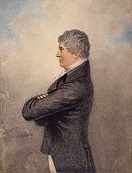



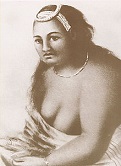
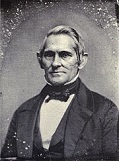







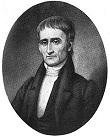
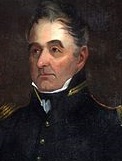














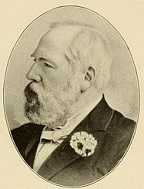












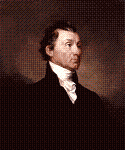


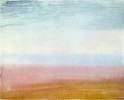

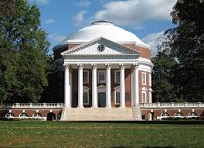
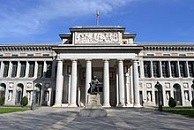
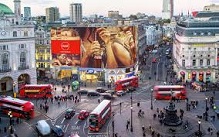
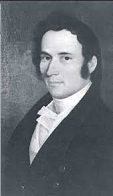
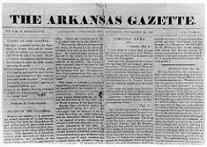
1819 After an undue extension of banking facilities is followed in 1817 by a contraction by the Second Bank of the U.S., which begins recalling federal land loans, bank circulation falls from $110M in 1816 to $65M this year, causing the economic Panic of 1819 and a gen. depression (ends 1821), giving rise to a demand for a higher tariff. On Jan. 28 Sir Thomas Stamford Raffles (1781-1826), gov. of Java (1810-15) and Benckulen, Sumatra (1818) lands in Singapore, and on Feb. 6 establishes a British East India Co. trading settlement on the island of Singapore (modern-day pop. 5.6M) which was destroyed in 1365; ill health forces him to sail for Plymouth, England in 1824, and his ship catches fire, destroying all his possessions, incl. his natural history collection and mss. valued at $100K; Singapore goes on to eclipse Malacca and become the commercial and military center of the region. On Feb. 2 the U.S. Supreme (Marshall) Court rules 6-1 in Dartmouth College v. Woodward that the Contract Clause applies to both public and private corporations, helping launch the modern corp. and the U.S. free enterprise system. On Feb. 19 while rounding the Horn, English Capt. William Smith (1790-1847) of the Williams discovers the 1,424 sq. mi South Shetland Islands 75 mi. N of the Antarctic Peninsula off Graham Land; on Oct. 16 after the authorities don't believe him, he lands on the largest island, King George Island, and next year he is sent to survey the discovery, discovering the Antarctic Peninsula; later Smith Island and Cape Smith are named for him. On Feb. 22 knowing that it is a paper tiger in Florida, Spanish envoy to the U.S. (1809-19) Luis de Onis y Gonzalez-Vara (1762-1827) proves to be a cream puff, and signs the Adams-Onis Treaty in Washington, D.C., ceding all of Florida (Fla.) to the U.S. in return for U.S. assumption of private Am. claims against Spain up to $5M, extending the W boundary of the Louisiana Purchase along the Sabine River, Red River, and Arkansas River, and from the source of the Arkansas N to the 42nd parallel and then W to the Pacific coast; Spain surrenders its claims to the Pacific Northwest; slave and free states in the U.S. are now evenly balanced at 11 each, but the statehood applications of Missouri and Maine (until now a district of Mass.) threaten the balance; John Randolph of Va. coins the term "Doughfaces" for Northern congressmen who vote with the South on slavery issues after 18 members vote against an amendment to the bill admitting Missouri to the Union that prohibits the further introduction of slaves into the state, with the soundbyte: "They were scared at their own dough faces." On Mar. 2 the U.S. Steerage Act requires ship captains to provide a list of their passengers to customs officials at the port of entry, incl. age, sex, and occupation. On Mar. 2 James Madison writes a Letter to Robert Walsh, containing the soundbyte: "The Civil Government, though bereft of everything like an associated hierarchy, posesses the requisite stability, and performs its functions with complete success, whilst the number, the industry, and the morality of the priesthood, and devotion of the people, have been manifestly increased by the total separation of the church from the state." On Mar. 6 the U.S. Supreme (Marshall) Court unanimously rules in McCulloch v. Maryland that Md. can't tax the Second Bank of the U.S., nor any state tax any federal agency, paving the way for broad federal powers and a nat. state under the guise of implied powers of Congress to pass laws not expressly listed in the Constitution if they are useful in furtherance of the express powers, prohibiting state actions to impede valid constitutional exercises of power by the federal govt. On Mar. 12 Va. becomes the 13th and final state required to ratify the Original 13th Amendment to the U.S. Constitution, reading: "If any citizen of the United States shall accept, claim, receive, or retain any title of nobility or honour, or shall without the consent of Congress, accept and retain any present, pension, office, or emolument of any kind whatever, from any emperor, king, prince, or foreign power, such person shall cease to be a citizen of the United States, and shall be incapable of holding any office of trust or profit under them, or either of them"; too bad, after 1876 it mysteriously disappears from the records; all members of the Am. Bar Assoc. (ABA) acquire the British title of nobility of esquire, and that's why? On Mar. 23 Karl Ludwig Sand (1785-1820), a follower of Karl Follen stabs to death reactionary leader August Friedrich Ferdinand von Kotzebue (b. 1761) in Mannheim for ridiculing the Burschenschaft (and/or for being a suspected Russian agent?), causing a split among the liberals, after which he is executed next year. On Apr. 26 the first lodge of Odd Fellows is organized in a tavern on Fell's Point in Baltimore, Md. In Apr. Baji Rao II surrenders to Sir John Malcolm, who permits the sexually degenerate whimp to retain his fortune and the title of prince (maharaja) but not peshwa, and bans him from the capital of Pune, setting him up in Bithur near Kanpur, where he spends the rest of his life having punetang sex orgies, while his 50M pop. Martha Confederacy goes into British hands; the Third Anglo-Maratha War (begun 1817) ends - did anybody say white empire? On May 8 (14?) king (since July 1782) Kamehameha I (b. 1736) dies in Kamakahonu, Kailua-Kona, Hawaii Island, and on May 20 his son Kamehameha II (Liholiho) (1797-1824) (who would have preferred to become a British naval officer) becomes king #2 of Hawaii (until July 14, 1824), going on to establish Christianity in the Hawaiian Islands, with his mother Ka'ahumanu (1768-1832) as regent and the first Kuhina Nui (prime minister), establishing her as the most powerful queen in Hawaii, continuing her power during the reigns of Kamehameha II and Kamehameha III; in Oct. after his mother puts him up to it, he initiates the 'Ai Noa (Hawaiian "free eating") period, ending the system of kapu by eating bananas and dog meat with women, disbanding the priest social class and prohibiting them from offering human sacrificies, and destroying pagan temples and images, aided by the arrival of Christian missionaries next Apr. led by Bennington, Vt.-born Protestant missionary Hiram Bingham (1789-1869), who creates a Hawaiian language writing system, translates the Bible into Hawaiian, and influences the monarchy to become rabidly anti-Roman Catholic. On May 22 after starting two days late because a drunken sailor fell off the gangplank and drowned, the SS City of Savannah, the first steam-propelled vessel to attempt a trans-Atlantic crossing departs from Savannah, Ga., arriving in Liverpool on June 20 (29 days); too bad, it cheats and uses sails most of the way, leaving the honor of a steam-only crossing to Holland in 1827; after Savanna, Ga. burns down in Jan. 1820, the ship's owner, Scarborough and Isaacs is forced to sell it. On May 22 the city of Memphis, Tenn. (modern-day pop. 647K/1.34M) on the 4th Chickasaw Bluff S of the confluence of the Mississippi and Wolf Rivers is founded on land donated by future U.S. pres. Andrew Jackson and other wealthy landowners incl. Louisa County, Va.-born judge John Overton (1766-1833) and War of 1812 brig. gen. James Winchester (1752-1826). On July 4 Congress authorizes a new flag with 21 stars (design #4), which now incl. Illinois. On July 11 lightning strikes a church in Chateauneuf, France 3x in a row during the installation of a new steeple, knocking everybody down and killing nine and injuring 82; the officiating priest is saved by his silk robe, which acts as an insulator. In July Simon Bolivar sets out across the Andes Mts. to support of fellow revolutionists in New Granada, where royalists had reestablished control, and on Aug. 7 he defeats 500 Spanish royalist forces with his force of 2.5K men at the decisive Battle of Boyaca (Boyacá) River near the town of Boyaca, Colombia 25 mi. S of Tunja, then occupies Bogota on Aug. 10; on Dec. 17 the Congress of Angostura proclaims the Repub. of Gran Colombia (ends 1831), a union of Venezuela and Nueva Granada (Colombia, Ecuador, Panama plus parts of Costa Rica, Peru, Brazil, and Guyana) (the NW neck of South Am. and half of Central Am.), with Simon Bolivar as pres. In July Russian explorers Fabian Gottlieb von Bellinghausen (1778-1852) and Mikhail Petrovich Lazarev (1788-1851) lead the two corvettes Vostok (Russ. "East") and Mirny (Russ. "Peaceful") around the Antarctic Circle, discovering Traversay Island in Dec., then reaching lat. 70 deg S, discovering Peter Island and Alexander Land. On Aug. 2 after Jewish reps get too pesky and formally demand emancipation at the 1815 Congress of Vienna, the anti-Jewish Hep-Hep Riots begin in Wurzburg, spreading to Frankfurt, Bohemia, Poland, Latvia, and Denmark, killing many Jews and destroying their property; the cry "hep-hep" was allegedly an acronym for the Crusader rallying cry "Hierosolyma est perdita" (Jerusalem is lost). On Aug. 16 60K-100K demonstrate against the Corn Laws at St. Peter's Field (Square) outside Manchester, England, and after a radical speech by Henry "Orator" Hunt (1773-1835) are charged by cavalrymen with sabers, killing 18 and injuring 650 incl. 100+ women and children, becoming known as the Peterloo Massacre, named after the Battle of Waterloo by James Wroe, whose radical newspaper The Manchester Observer is closed down in 1821 while he is given 1 year in jail for seditious libel after the British govt. responds on Nov. 23 with the 666, er, Six Acts, clamping down on "radical" parties (the first time the word is used of a political party in England) and newspapers, and potential armed uprisings, causing 28-y.-o. witness John Edward Taylor to launch his own newspaper The Manchester Guardian in 1821; Hunt gets two years in prison, becoming a bigger celeb but refusing to approve armed revolt - don't forget to order a side of wings with all your Party Hut orders? On Sept. 20 the Diet of the Germanic Confederation, backed by Metternich and Frederick William III of Prussia sanctions the Carlsbad Decrees, cracking down on the liberal students with strict censorship and control of the universities, and setting up an inquisition into their secret societies. On Nov. 20 the Arkansas Democrat-Gazette (originally the "Arkansas Gazette" until 1850) is founded in Arkansas Post, Ark. by Long Island, N.Y.-born William Edward Woodruff (1795-1885), who moves the HQ to Little Rock in 1821 and leads the campaign for Ark. statehood (1836); it goes on to claim to be the oldest continuously published newspaper W of the Mississippi River, reaching a modern-day circ. of 192K daily and 284K Sun. In Nov. Henri de Saint-Simon begins pub. the socialist mag. L'Organisateur, which ends pub. abruptly in Feb. 1820 after the assassination of Charles Ferdinand, Duke of Berry is blamed on it. On Dec. 6 "Yellowhammer State" Alabama (Choctaw "thicket clearers" or "vegetation gatherers") adopts a constitution, and is admitted as the 22nd U.S. (slave) state on Dec. 14. Gen. Martin Rodriguez (1771-1845) becomes ruler of a military junta in Buenos Aires, attempting to keep the rural landowners from weakening it politically with a federalist system; former supreme dir. (since 1816) Juan Martin de Pueyrredon goes into exile in Montevideo. Wurrtemberg and Hanover receive constitutions. The Sikhs take advantage of the civil war in Afghanistan to capture Kashmir. After its Indian trade is raided, the British send an expedition against Ras al-Khaimah on the Pirate Coast (ends 1820). Cotton cultivation is introduced into Angola. Freedom of the press is restored in France. The 1802 Cotton Mills and Factories Act having proved ineffective, the 1819 Cotton Mills and Factories Act, sponsored by child labor lord-turned-goody-two-shoes Sir Robert Peel, 1st Baronet (1750-1830) (father of future PM Sir Robert Peel, 2nd Baronet) is passed, forbidding employment in cotton mills of children under age nine, and limiting working hours of children ages 9-16 to 12 hours a day; the act was originally introduced by Robert Owen in 1815, but this one is much weaker; the first of several Parliamentary Factory Acts. River steamboats begin navigating the Missouri River. Britain finally officially ends trial by combat. The city of Managua on the SW shore of Lake Managua (modern-day pop. 1M/1.4M) is incorporated as Leal Villa de Santiago de Managua; it becomes the capital of Nicaragua in 1852. English explorer Sir John Franklin (1786-1847) begins exploring N Canada by land from Hudson Bay E to the mouth of the Coppermine River, turning into a disaster after he falls into the Hayes River at Robinson Falls and is rescued by a member of his expedition, then loses 11 of his 20 men to starvation, causing them to be reduced to eating their own leather boots; they return in 1822. Mehmet Ali presents Thutmose III's Cleopatra's Needle (1475 B.C.E.) to Britain - Tut is known as the Napoleon of Egypt, get it? English explorer Sir William Parry, in HMS Griper and HMS Hecla finally finds a Northwest Passage, but unfortunately it's way up in the *!?! Arctic. The Zollverein (customs union) is founded to facilitate circulation of goods between the states of German, helping to unite it. Oslo Stock Exchange in Norway is founded as Christiania Bors (Børs); it doesn't begin trading stocks and bonds until 1881. In order to make up for the loss of Malacca, Sir Thomas Stamford Raffles (1781-1826), gov. of Java (1810-15) and Benckulen, Sumatra (1818) establishes a British East India Co. trading settlement on the island of Singapore (modern-day pop. 5.6M) which was destroyed in 1365; ill health forces him to sail for Plymouth, England in 1824, and his ship catches fire, destroying all his possessions, incl. his natural history collection and mss. valued at $100K; Singapore goes on to eclipse Malacca and become the commercial and military center of the region. Colgate U. (originally Madison U.) in Hamilton, N.Y., founded in 1817 by the Baptist Education Society of N.Y. is chartered; in 1890 it changes its name to Colgate U. after a $1M donation by financier James Boorman Colgate (1818-1904). English freethinker Richard Carlile (1790-1843) is sentenced to three years in prison in England and fined $1.5K for blasphemy for pub. Thomas Paine's anti-Bible classic "The Age of Reason"; unable to pay the fine, he is given three more years. The Am. Board of Commissioners for Foreign Missions of Boston, Mass. sends Evangelical Protestant Calvinist missionaries Pliny Fisk (-1827) and Levi Parsons (-1822) on a Palestine mission to the Holy Land via Malta to convert Muslims to Christianity; too bad, the Orthodox Greek uprising against the Muslim Ottoman Empire in 1821 ends any hope for their mission, and they fail to convert a single Muslim. Blind but indomitable Englishman James Holman (1786-1857) begins a grand tour through Europe, returning in 1821 then setting out on a round-the-world tour, making it to Irkutsk, Russia before being arrested as a spy, then returning back through Poland and Germany; he then tries it again, and succeeds, pub. narratives of his travels, claiming to image his surroundings via the reverberations of his tapping cane and nearby horse hoofbeats, causing William Jordan in 1866 to utter the soundbyte: "From Marco Polo to Mungo Park, no three of the most famous travelers, grouped together, would exceed the extent and variety of countries traversed by our blind countryman" - don't ask what he saw though? Prussian patriot Friedrich Ludwig Jahn (1778-1852), a state gymnastics teacher who organized the Burschenschaften is arrested for his liberal pro-unification views, and is released in 1825 with an injunction against living within 10 mi. of Berlin. Miron Winslow (1789-1864), a descendant of a brother of Mayflower gov. Edward Winslow sets up a Protestant mission in Ceylon, spreading dreary Puritanism. The American Farmer, the first important agricultural journal in the U.S. begins pub. in Baltimore, Md. on Apr. 2 (ends 1897). The Humorist begins pub. in England (until 1821), with etchings by George Cruikshank. Blackie's pub. house (originally Blackie, Fullerton & Co.) is founded in England in Nov. by John Blackie (1782-1874), and renamed Blackie & Son in 1831, moving to Glasgow, Scotland in 1890. Norwich U. (originally the Am. Literary, Scientific and Military Academy) in Northfield, Vt. is founded by West Point supt. (1805-17) capt. Alden B. Partridge (1785-1854) in a rebellion against the threat of a prof. officer class, becoming the first private military college in the U.S. and the birthplace of the Reserve Officers' Training Corps (ROTC). The U. of Virginia, "Mr. Jefferson's University" is founded within sight of Monticello by U.S. pres #3 (1801-9) Thomas Jefferson (1743-1826); the rotunda is based on Jefferson's design; he planned it as an "academical village" with a "temple of knowledge" that breaks free from his alma mater the College of William and Mary and its religious straightjacket. The Bank of Finland moves from Turku to Helsinki. The Arkansas Gazette is founded in Arkansas Post, Ark., becoming the state's first newspaper; it later becomes the Arkansas Democrat Gazette. English portraitist George Dawe (1781-1829) moves to St. Petersburg, Russia (until 1829), going on to paint 329 portraits of Russian nobility for the War Gallery of the Winter Palace. Giovanni Belzoni returns from Egypt to Italy with a grand theft of antiquities, incl. the alabaster sarcophagus of Seti I and the upper half of a colossal statue of Rameses II. Nathan Lyman founds Aqueduct Spring Brewery, the first brewery in Rochester, N.Y.; it closes in 1844. Francis Perot (-1883) of Philadelphia, Penn. installs a 10 hp steam engine built by inventor Thomas Holloway in his Vine Street Brewery, becoming the first stationary steam engine in the U.S.; too bad, by the 1850s U.S. breweries are lagging 50 years behind England in the use of steam engines. Architecture: On Mar. 20 the Burlington Arcade covered shopping arcade opens in Piccadilly, London. The Museo del Prado (Sp. "meadow") nat. art gallery in Madrid, Spain is founded to house the art treasures of the Spanish Hapsburgs. Piccadilly Circus (named after the late 16th cent. broad cut-work lace Piccadill collar) in Westminster, West End, London is built to connect Regent St. with Piccadilly Rd., becoming a traffic hub for Coventry St. (Leicester Square), the Haymarket, and Shaftesbury Ave. (theatre district). K.F. Schinkel begins the Schauspielhaus in Berlin (finished 1822). Telford's Bridge over the Menai Strait is built by Scottish engineer Thomas Telford, becoming the first suspension bridge to carry vehicular traffic. The Grand-Hornu industrial park in the Borinage district of Belgium SW of Mons is built by Henri de Gorge-Legrand (finished 1840). Inventions: On Dec. 4 Sir William Congreve of Britain patents the colored watermark, consisting of a triple paper; too bad, the Bank of Resistance fails to adoopt it because of resistance from the Portals Co. that manufactured its currency paper since 1725. The first soda fountain patent is granted to Samuel Fahnestock. Augustin Jean Fresnel invents the dioptric system for lighthouses. David Napier invents the flat-bed cylinder printing press. Anglo-German inventor Augustus Siebe (1788-1872) invents an open diving suit consisting of a leather jacket and metal helmet fitted with forced air hoses that keep the water below the diver's chin. Science: London physician John Bostock becomes the first to describe hay fever, which he personally suffers from, attributing its cause to freshly cut hay; he claims he can find only a few other sufferers in England. Pierre Louis Dulong (1785-1838) and Alexis Therese Petit (1791-1820) of France pub. the Law of Dulong-Petit, that relative atomic weight is inversely proportional to specific heat, i.e., that approximately the same amount of heat is required to accomplish a particular rise in temperature of the same number of atoms of any metal, making possible the experimental determination of atomic weight - du long and winding road to specific petit? German chemist Eilhard Mitscherlich (1794-1863) pub. his law of isomorphism, that compounds crystallizing together probably have similar structures and compositions. Danish physicist Hans Christian Oersted (1777-1851) discovers electromagnetism, the relation between electricity and magnetism - no fairy tale? After discovering the pupil dilating qualities of belladonna to his friend Johann Wolfgang von Goethe (1749-1832), German chemist Friedrich Ferdinand Runge (1795-1867) takes his advice and analyzes coffee, discovering caffeine - I'm glad he didn't call it rungine? The optical phenomenon known as Parry's Arc is discovered by the English expedition led by Sir William Edward Perry (1819-21). Joseph Pelletier and Joseph Bienaime Caventou isolate brucine from Nux vomica. Nonfiction: Ludwig Burkhardt (1784-1817), Travels in Nubia. Jean-Antoine Chaptal (1756-1832), De l'Industrie Francaise. Frederic Cuvier (1773-1838) and Etienne Geoffroy Saint-Hilaire (1772-1844), Histoire Naturelle des Mammiferes (4 vols.) (1819-42); mentioned in Herman Melville's "Moby-Dick", ch. 32. Jacob Grimm (1785-1863), History of the German Language (Geschichte der Deutschen Sprache) (1819-48); a landmark in modern philology, based on work with Ramus Christian Rask of Denmark; expounds Grimm's Law of regular consonantal changes in Indo-European languages, e.g. English (brother/ten), Sanskrit (bhratar/dasa), Greek (phrater/deka), Latin (frater/decem), German (bruder/zehn). Georg Hermes, Philosophical Introduction to Christian Theology. Nikolai Karamzin (1766-1826), History of the Russian State (12 vols.) (1819-26); first modern history of Russia, modelled after Edward Gibbon, creating a new Russian lit. language, and becoming a hit with tsar Alexander I for its flattery of autocracy, who moves him to St. Petersburg to work in style; too bad, he dies after finishing vol. 11, which ends with the 1613 accession of Michael Romanov. Joseph de Maistre (1753-1821), Du Pape; the importance of papal authority - woo woo woo woo woo? Alessandro Manzoni (1785-1873), Osservazioni sulla Morale Cattolica. Hannah More (1745-1833), Moral Sketches. David Ramsay (1749-1815), Universal History Americanized; or, an Historical View of the World, from the Earliest Records to the Year 1808, with a Particular Reference to the State of Society, Literature, Religion and Form of Government in the United States of America (12 vols.). Jean Charles Leonard Simonde de Sismondi (1773-1842), Nouveaux Principes d'Economie Politique, ou de la Richesse dans ses Rapports avec la Population; breaks ranks with Adam Smith, who he says is too interested in the means of increasing wealth and too little interested in the use of wealth for increasing happiness, challenging the idea of economic equilibrium and predicting periodic economic crises, with the soundbyte: "Let us beware of this dangerous theory of equilibrium which is supposed to be automatically established. A certain kind of equilibrium, it is true, is reestablished in the long run, but it is after a frightful amount of suffering"; he also breaks with laissez-faire, exposing the dangers of aggregate demand creating overproduction and overconsumption, and advocating that the state "regulate the progress of wealth"; calls for state action to help the poor and downtrodden so that everybody can be poor and downtrodden?; "(He) dissected with great acuteness the contradictions of modern production" (Karl Marx). Count de Volney (1757-1820), New Researches on Ancient History. Parson Mason Locke Weems (1759-1825), The Life of William Penn. Horace Wilson, Sanskrit-English Dictionary. A Manx trans. of the King James Bible appears in a gen. release of 5K copies - the Manx people (Isle of Man) are saved at last? Music: Daniel Auber (1782-1871), Le Testament et les Billets-Doux (opera). Austrian music publisher Anton Diabelli (1781-1858) asks 50 composers, incl. Beethoven, Schubert and 11-y.-o. Franz Liszt to compose a short variation on a bland waltz he wrote, which he later pub. as Fatherland's Society of Artists; Beethoven's contribution is pub. in 1823 as "Diabelli Variations". Heinrich Marschner (1795-1861), Heinrich IV und d'Aubigne (opera). Franz Schubert (1797-1828), Die Zwillingsbruder, D647; Piano Sonata in A, D664; Piano Quintet in A (The Trout), D667; Schafer Klagelied (Goethe) (his first song sung in public). Louis Spohr (1784-1859), Zemire und Azor (opera). Johan Olof Wallin (1779-1839), Psalmbook; becomes Sweden's official hymnbook. Carl Maria von Weber (1786-1826), Invitation to the Dance (for piano). Art: Washington Allston (1779-1843), Florinell's Flight; pioneers the Romantic landscape movement in the U.S., becoming known as the American Titian and coining the term "objective correlative" for a chain of events that acts as a formula in art to evoke emotion. John Constable (1776-1837), The White Horse. Theodore Gericault (1791-1824), The Raft of the Medusa (1818-9); 16'1" x 23'6"; the first Romantic painting based on current news, about the survivors of the French frigate Medusa (140 aboard), which struck the Bank of Arguin off the coast of Mauritania on July 2, 1816, causing the 147 survivors to cling to a raft for 13 days until the remaining 15 dehydrated cannibals sight the Argus, which fails to see their signal and finally picks them up 2 hours later; makes a big splash in the Salon and a political scandal with its implication that the captain was incompetent, later being used whenever anybody wants to imply that somebody else is incompetent; Eugene Delacroix poses for it; he studies corpses incl. decapitated heads for realism; Mazeppa (1819-23); inspired by the 1819 Lord Byron poem. Georg Friedrich Kersting (1785-1847), Caspar David Friedrich in His Studio. Samuel F.B. Morse (1791-1872), Official Portrait of James Monroe. Charles Willson Peale (1741-1827), Portrait of Yarrow Mamout; an African Muslim who was sold into slavery, purchased his freedom, settled in Georgetown, and lived past 100. James Pradier (1792-1852), Centaur and Bacchante (sculpture). Thomas Sully (1783-1872), Washington's Passage (Crossing) of the Delaware; shows Prince Whipple, a black slave to Gen. Whipple of N.H. attending Washington; he was freed during the war. Bertel Thorvaldsen (1770-1844), Christ and the Twelve Apostles (sculpture) (1819-38). J.M.W. Turner (1775-1851), Colour Beginning. Plays: Casimir Delavigne (1793-1843), Les Vepres Siciliennes (Odeon Theatre, Paris); "You have saved us. You are the founder of the second French Theatre." (the mgr. Picard). Mordecau Manuel Noah (1785-1851), She Would be a Soldier; or, The Plains of Chippewa; identifies the Indian Great Spirit with Jehovah. Johann Ludwig Uhland, Ludwig der Baier. Francis "Fanny" Wright (1795-1852), Altorf (Feb. 19) (Park Theatre, New York). Poetry: Lord Byron (1788-1824), Mazeppa (June 28); about Ukrainian stud Ivan Mazepa (1639-1709), who commits adultery with Countess Theresa, causing King John II Casimir Vasa to have him tied naked to a wild horse and set loose, which he survives, becoming hetman of the Cossacks; makes Mazepa a Romantic star; inspires Theodore Gericault to paint the naked dude; The Prophecy of Dante; Don Juan (1819-24) (pr. "JEW-un", to rhyme with "true one" and "new one"); pub. anon.; his magnum opus; Greek girl Haidee saves the hero from death, but her pirate father catches them together and sells him into slavery, causing her to go mad and die; portrays serial womankiller Don Juan as a victim of women, which is a big hit but scandalizes society so much that his publisher drops it in 1822; disses fellow poets William Wordsworth ("Turdsworth") and Samuel Taylor Coleridge. George Crabbe (1754-1832), Tales of the Hall. Johann Wolfgang von Goethe (1749-1832), West-ostlicher (West-östlicher) Diwan (book of lyrics). Fitz-Greene Halleck (1790-1867), Fanny (Dec.); pub. anonymously. Victor Hugo (1802-85), Odes. Leigh Hunt (1784-1859), Hero and Leander; Bacchus and Ariadne. John Keats' Wunderjahr, in which he writes most of his hip odes? John Keats (1795-1821), Great Odes of 1819 (May), incl. Ode on Indolence, Ode on Melancholy, Ode on a Grecian Urn ("'Beauty is truth, truth beauty,' - that is all/ Ye know on Earth, and all ye need to know"; "Heard melodies are sweet, but those unheard/ Are sweeter; therefore, ye soft pipes, play on"), Ode to a Nightingale ("Thou wast not born for death, immortal Bird!"/ "No hungry generations tread thee down/ The voice I hear this passing night was heard/ In ancient days by emperor and clown.") Louis-Jean Nepomucene Lemercier (1771-1840), Panhypocrisiade: Spectacle Infernal du XVIe Siecle (1819-32); HRE Charles V vs. Francis I of France, played by demons? Thomas Moore (1779-1852), Tom Crib's Memorial to Congress; his only dud. Percy Bysshe Shelley (1792-1822), Ode to the West Wind; autobio. poem about truth only being understood by the imagination; "Thou breath of Autumn's being" that scatters "dead thoughts over the Universe/ Like withered leaves to quicken a new birth"; "Scatter, as from an unextinguished hearth/ Ashes and sparks, my words among mankind!/ Be through my lips to unawakened earth/ The trumpet of a prophecy!" William Wordsworth (1770-1850), Peter Bell. Novels: Joseph von Eichendorff (1788-1857), Das Marmorbild (The Marble Statue). E.T.A. Hoffmann (1776-1822), Die Serapionsbruder (4 vols.) (1819-21). Washington Irving (1783-1859), The Sketch Book of Geoffrey Crayon, Gent. (June 23); incl. Rip Van Winkle ("It's been 20 years since he went away with his gun") (first mention of the game of ninepins in Am. lit.), The Legend of Sleepy Hollow (The Headless Horseman) Conn. schoolteacher Ichabod Crane of Greensburgh (Tarry Town) competes for the hand of 18-y.-o. Katrina Van Tassel with Abraham "Brom Bones" Van Brunt, who tries to scare him off by dressing up as the Hessian Headless Horseman; "If I can just reach that bridge, I'm safe." Sir Walter Scott (1771-1832), The Bride of Lammermoor; the ruins of Wolf's Crag and Ravenswood are located on the coast of Berwickshire in Fast Castle 6 mi. NW of Eyemouth, and Cockburnspath Fortress 10 mi. NW of Eyemouth. Births: English poet Arthur Hugh Clough (pr. KLUFF) (OE "narrow gorge") (d. 1861) (pr. KLUFF) on Jan. 1 in Liverpool; moves to Charleston, S.C. in 1822, then returns to England in 1828, attending school in Chester, followed by Rugby School under headmaster Thomas Arnold (1795-1842), followed by Balliol College, Oxford U., then Oriel College until 1848; friend of Matthew Arnold (1822-88). Am. "History of the Christian Church" Protestant theologian-historian Philip Schaff (d. 1893) on Jan. 1 in Chur, Siwtzerland; educated at the U. of Tubingen, U. of Halle, and U. of Berlin; disciple of David Strauss (1808-74) and August Neander (1789-1850); Romanian "The Dying Virgin", "Flowers of the Bosphorus" #1 poet Dimitrie Bolintineanu (d. 1872) (b. 1825?) on Jan. 14 in Bolintina, Wallachia. English "Derby Day" crowd scene painter William Powell Frith (d. 1909) on Jan. 19 in Alfield, North Yorkshire. Italian sculptor Giosue (Giosuè) Argenti (d. 1901) on Feb. 7 in Viggiu, Varese; student of Pompeo Marchesi (1783-1858). English art critic and social reformer ("the Victorian's Victorian") John Ruskin (d. 1900) on Feb. 8 in London; educated at King's College, and Christ Church, Oxford U.; coiner of the term "pathetic fallacy"; husband (1855-98) of Euphemia Chalmers Gray (1828-97). Am. sculptor-poet-critic William Wetmore Story (d. 1895) on Feb. 12 in Salem, Mass.; son of U.S. Supreme Court justice Joseph Story (1779-1845); educated at Harvard U. French scientist-writer Louis Figuier (d. 1894) on Feb. 15. Am. poet-essayist-editor James Russell Lowell (d. 1891) on Feb. 22 in Cambridge, Mass.; son of Rev. Charles Russell Lowell Sr. (1782-1861); uncle of Civil War Union brig gen. Charles Russell Lowell Jr. (1835-64). Scottish teacher Alexander Melville Bell (d. 1905) on Mar. 19 in Edinburgh; father of Alexander Graham Bell (1847-1922); model for Prof. Henry Higgins in George Bernard Shaw's 1913 play "Pygmalion"? English sugar cube magnate Sir Henry Tate, 1st Baronet (d. 1899) on Mar. 11 in White Coppice (Chorley), Lancashire; created baronet in 1898. French photographer Andre-Adolphe-Eugene Disderi (André-Adolphe-Eugène Disdéri) (d. 1889) on Mar. 28. Am. oil well pioneer "Colonel" Edwin Laurentine Drake (d. 1880) on Mar. 29 in Greenville, N.Y.; begins the world's first oil well in Titusville, Penn. Am. Reform Jewish rabbi Isaac Mayer Wise (d. 1900) on Mar. 29 in Steinbrub (Lomnicka), Bohemia; emigrates to the U.S. in 1846. German Prussian chancellor-PM (1894-1900) (Roman Catholic) Prince Chlodwig Carl Viktor of Hohenlohe-Schillingsburst (Hohenlohe-Schillingsfürst, Ratibor and Corvey) (d. 1901) on Mar. 31 in rotenburg an der Fulda, Hesse; Roman Catholic father, Lutheran mother. Am. Mormon leader ("Apostle to the Lamanites") ("the Buckskin Apostle") Jacob Hamlin (d. 1886) on Apr. 2 in Ashtabula County, Ohio. Portuguese Braganza queen (1826-8, 1834-53) ("the Good Mother") ("the Educator") Maria II da Gloria (1853) on Apr. 4 in Rio de Janeiro; eldest daughter of Peter IV (1798-1834) and 1st wife Archduchess Maria Leopoldina of Austria (1797-1826) (daughter of HRE Francis II); mother of Peter V (1837-61), Luis I (1838-89), Joao (1842-61) and Fernando (1846-61). Austrian "Light Cavalry Overture", "Morning, Noon and Night in Vienna" "Boccaccio", "The Light Cavalry" Romantic operetta composer Franz von Suppe (Suppé) (Francesco Suppe Demelli) (d. 1895 on Apr. 18 in Spalato, Dalmatia (Croatia); of Belgian descent. French "Le Drame Lyrique" academic sculptor Jean-Joseph Perraud (d. 1876) on Apr. 26 in Jura; student of Etienne-Jules Ramey and Augustin-Alexandre Dumont. Scottish Orientalist (founder of Muir College in India) Sir William Muir (d. 1905) on Apr. 27 in Glasgow; knighted in 1867; brother of John Muir (1810-82); coiner of the term "Satanic Verses". Estonian journalist-poet Johann Voldemar Janssen (d. 1890) on May 16 (May 4 Old Style) in Vandra, Livonia; father of Lydia Koidula (1843-86). British Queen of Great Britain and Ireland (1837-1901) and Empress of India (1876-1901) Victoria Alexandrina (d. 1901) on May 24 (May 25?) in Kensington Palace, London; daughter of Edward, duke of Kent and Strathearn (4th son of George III) and Princess Victoria Mary (Maria) Louisa of Saxe-Coburg Saalfeld; granddaughter of George III; niece of William IV and Georges Chretien Frederic (Leopold I of Belgium). Am. "Battle Hymn of the Republic" abolitionist poet Julia Ward Howe (d. 1910) on May 27 in New York City; wife (1843-) of Samuel Gridley Howe (1801-76); mother of Maud Howe Elliott (1854-1948) and Laura Elizabeth Howe Richards (1850-1943). Am. 5'4" physician ("the Little Doctor") William Worrall Mayo (d. 1911) on May 31 in Eccles (near Salford), Lancashire, England; emigrates to the U.S. in 1845; father of Mayo Clinic founders William James Mayo (1861-1939), and Charles Horace Mayo (1865-1939). Am. free verse poet ("the Paumanok Poet") ("Founding Father of American Poetry") (bi?) Walter "Walt" Whitman (d. 1892) on May 31 in West Hills, Huntington, Long Island, N.Y. Dutch landscape-seascape painter (in France) (alcoholic) ("Father of the Modern Landscape" - Edouard Manet) Johan Barthold Jongkind (d. 1891) on June 3 in Lattrop (near Rotterdam); teacher of Edouard Manet (1832-83); forerunner of Impressionism; #1 Dutch painter of the 19th cent.? English astronomer-mathematician John Couch Adams (d. 1892) (pr. cooch) on June 5 in Laneast (near Launceston), Cornwall; educated at St. John's College, Cambridge U.; mathematically predicts the existence of Neptune. French realist painter Jean Desire (Désiré) Gustave Courbet (d. 1877) on June 10 in Ornans; founder and militant leader of the Realistic School of French painting - as in accurate depiction of breasts and vaginas? English "Westward Ho!" anti-John Henry Newman Anglican clergyman novelist-poet-essayist Rev. Charles Kingsley (d. 1875) on June 12 in Holne, Dartmoor, Devonshire; father of Mary St. Leger Kingsley (1852-1931); educated at King's College, London, and Magdalene College, Cambridge U.; friend of Charles Darwin. French "Orpheus in the Underworld", "The Tales of Hoffmann" Romantic operetta composer-cellist (Jewish) Jacques Offenbach (Jakob Eberscht) (d. 1880) on June 20 in Cologne, Germany; son of a synagogue cantor; moves to Paris in 1833; coiner of the term "opera bouffe". Am. "The Birth of Our Flag" painter Henry Peters Gray (d. 1877) on June 23 in New York City; pupil of Daniel Huntington. Am. Civil War Union gen. Abner Doubleday (d. 1893) on June 26 in New York City; alleged inventor of Am. baseball. Romananian-Wallachian historian and rev. leader Nicolae Balcescu (d. 1852) on June 29 in Bucharest. Am. journalist Donn Piatt (d. 1891) on June 29 in Cincinnati, Ohio. U.S. Repub. vice-pres. #19 (1877-81) and U.S. Rep. (R-N.Y.) (1861-3, 1869-77) William Almon Wheeler (d. 1887) on June 30 in Malone, N.Y. Am. pharmacologist-chemist Edward Robinson Squibb (d. 1900) on July 4 in Wilmington, Del. German "Epitome of History" historian Carl (Karl) Julius Ploetz (d. 1881) on July 8 in Berlin; the first primitive Historyscoper? Am. "The Wide, Wide World" novelist Susan Bogert Warner (AKA Elizabeth Wetherall) (d. 1885) on July 11 in New York City; sister of Anna Bartlett Warner (1820-1915). Am. scientist-inventor and women's rights activist Eunice Newton Foote (d. 1888) on July 17 in Goshen, Conn. Swabian "Watch on the Rhine" merchant-poet Max Schneckenburger (d. 1849) on July 18 in Talheim (near Tuttlingen). Swiss "Green Henry" #1 poet-novelist (in German) Gottfried Keller (d. 1890) on July 19 in Zurich. Am. "Moby-Dick" novelist-poet Herman Melville (d. 1891) on Aug. 1 in New York City. Am. Civil War Union maj. gen. and rear adm. Samuel Powhatan Carter (d. 1891) on Aug. 6 in Elizabethton, Tenn.; educated at Princeton U.; first U.S. officer to be awarded the rank of both rear adm. and maj. gen. - pow? Am. journalist-ed. (New York Tribune, New York Sun) Charles Anderson Dana (d. 1897) on Aug. 8 in Hinsdale, N.H.; educated at Harvard U.; lives on Brook Farm in 1841-6. Irish Stokes' Theorem physicist-mathematician Sir George Gabriel Stokes, 1st Baronet (d. 1903) on Aug. 13 in Skreen, County Sligo; educated at Pembroke College, Cambridge U.; created baronet in 1889. English music hall and theater impresario ("Father of the Halls") Charles Morton (d. 1904) on Aug. 15 in Hackney, London; coiner of the term "music hall". Am. dentist and ether anesthesia pioneer William Thomas Green Morton (d. 1868) on Aug. 19 in Charlton, Mass. Am. detective Allan Pinkerton (d. 1884) on Aug. 25 in Glasgow, Scotland; organizer of the U.S. Secret Service; inventor of the mug shot for wanted posters; emigrates to Chicago, Ill. in 1842. British prince consort (1840-61) Albert of Saxe-Coburg and Gotha (d. 1861) on Aug. 26 in Schloss Rosenau, Coburg, Saxe-Coburg-Saalfeld, German Confederation; husband (1840-61) of Queen Victoria (1837-1901). Am. Civil War Union Gen. William Starke Rosencrans (d. 1898) on Sept. 6 in Delaware City, Ohio. U.S. Dem. vice-pres. #21 (1885) and Ind. gov. #18 (1873-7) Thomas Andrews Hendricks (d. 1885) on Sept. 7 in East Fultonham (near Zanesville), Muskingum County, Ohio; grows up in Shelby County, Ind.; educated at Hanover College. German pianist-composer Clara Josephine Wieck Schumann (d. 1896) on Sept. 13 in Leipzig, Saxony; wife (1840-) of Robert Schumann (1810-56), whom she meets at age 9 when she begins performing for her father Fredrich Wieck, his piano teacher. South African Boer leader Marthinus Wessel (Wessels) Pretorius (d. 1901) on Sept. 17; son of Andreis Pretorius (1798-1853); 1st pres. of the South African Repub. (Transvaal) (Orange Free State) (1857-83). French "Foucault's Pendulum" physicist Jean Bernard Leon Foucault (d. 1868) on Sept. 19 in Paris. French physicist Armand Hippolyte Louis Fizeau (d. 1896) on Sept. 23 in Paris. Italian PM (1887-96) Francesco Crispi (d. 1901) on Oct. 4 in Ribera, Sicily; starts out an extreme radical and ages into a reactionary monarchist? Canadian gov.-gen. #1 (1867-8) Charles Monck, 4th Viscount Monck (d. 1894) on Oct. 10 in Templemore, Ireland; son of Charles Monck, 3rd viscount Monck (1791-1849); father of Henry Monck, 5th viscount Monck (1849-1927). Am. stagecoach line magnate ("the Stagecoach King") Benjamin "Ben" Holladay (d. 1887) on Oct. 14 in Nicholas County, Ky.; grows up in Bourbon County, Ky. French Juglar Cycle economist Clement (Clément) Juglar (d. 1905) on Oct. 15 in Paris. Persian Bahaism founder The Bab (Siyyid Ali Muhammad Shirazi) (d. 1850) on Oct. 20 in Shirz; starts out a merchant then gets a divine revelation on May 23, 1844. Am. Civil War Union gen. and diplomat Daniel Edgar "Dan" Sickles (d. 1914) on Oct. 20 in New York City. Serbian prince (1839) (4 weeks) Milan Obrenovic II (d. 1839) on Oct. 21 in Kragujevac; eldest son of Milos Obrenovic I (1780-1860); brother of Michael (Mihailo) Obrenovic III (1823-68). German activist (coiner of the term "anti-Semitism") Wilhelm Marr (d. 1904) on Nov. 16 in Magdeburg. English novelist George Eliot (Marian Evans) (Mary Ann Evans) (d. 1880) on Nov. 22 in Arbury Farm, Chilvers Coton (near Nuneaton), Warwickshire; becomes a rationalist in 1841 at age 22, causing her to translate David Strauss' "Life of Jesus" in 1844-6. Am. geologist (namesake of Mount Whitney) Josiah Dwight Whitney (d. 1896) on Nov. 23 in Northampton, Mass.; educated at Yale U.; brother of William Dwight Whitney (1827-94); prof. of geology at Harvard U. (1865-); chief of the Calif. Geological Survey (1860-74). Am. transatlantic cable industrialist Cyrus West Field (d. 1892) on Nov. 30 in Stockbridge, Mass.; son of minister David Dudley Field; brother of jurist David Dudley Field (Jr.) (1805-94) and jurist Stephen Johnson Field (1816-99). Am. Roman Catholic priest (Paulist Fathers founder) Isaac Thomas Hecker (d. 1888) on Dec. 18 in New York City; German immigrant parents; raised a Methodist. Italian rev. Carbonari leader Count Felice Orsini (d. 1858) n Dec. 10 in Meldola, Romagna. German OBGYN Karl (Carl) Siegmund Franz Crede (Credé) (d. 1892) on Dec. 23 in Berlin; first to drip silver nitrate solution in the eyes of the newborn to prevent gonorrheal opthalmia. German "Vor dem Sturm" realist novelist-poet Theodor Fontane (d. 1898) on Dec. 30 in Neuruppin; Huguenot parents. Am. sewing machine inventor Elias Howe (d. 1867) in Spencer, Mass. Am. "The Hand That Rocks the Cradle" poet-atty. (Presbyterian) William Ross Wallace (d. 1881) in Lexington, Ky.; educated at Indiana U., and Hanove College - erin go bragh? German painter-writer Rudolf Lehmann (d. 1905) in Hamburg; brother of Henri Lehmann (1814-82); father of Liza Lehmann (1862-1918). Deaths: Am. politician-jurist William Samuel Johnson (b. 1727) on Nov. 14 in Stratford, Conn. English antiquarian Henry Constantine "Dog" Jennings (b. 1731) on Feb. 17 in St. George's Fields, Southwark, South London. U.S. Supreme Court justice #7 (1792-3) Thomas Johnson (b. 1732) on Oct. 26 in Frederick, Md. Am. politician-scientist Hugh Williamson (b. 1735) in N.Y. Hawaiian king (1782-1819) Kamehameha I the Great (b. 1736) on May 8 (May 14?) in Kamakahonu, Kailua-Kona, Hawaii Island. Scottish steam engine inventor James Watt (b. 1736) on Aug. 25 on Handsworth, Birmingham. English author John Wolcot (Peter Pindar) (b. 1738) on Jan. 14 in London. Am. Rev. leader John Langdon (b. 1741) on Sept. 18 in Portsmouth, N.H. Prussian field marshal (hero of Waterloo) Gebhard von Blucher (b. 1742) on Sept. 12 in Krieblowitz (Krobielowicz), Silesia. Russian explorer-trader Alexander Baranov (b. 1747) on Apr. 16 in Sunda Strait, Dutch East Indies; dies en route from Alaska to Russia via the Cape of Good Health, er, Hope. Spanish king (1788-1808) Charles IV (b. 1748) on Jan. 20 in Rome, Italy. Scottish uniformitarian geologist John Playfair (b. 1748) on July 20. Scottish physician Daniel Rutherford (b. 1749) on Dec. 15 in Edinburgh. Russian gen. Count Alexander Tormasov (b. 1752) on Nov. 13 in Moscow. Am. Quaker religious leader Jemima Wilkinson (b. 1752) on July 1; her body is left unburied and unpreserved in anticipation of her making her claim to rise from the dead, until it you know what? Am. inventor Oliver Evans (b. 1755) on Apr. 15 in New York City. German dramatist August Friedrich Ferdinand von Kotzebue (b. 1761) on Mar. 23 in Mannheim; murdered by Karl Ludwig Sand (1795-1820). Scottish soldier-politician Charles Lennox, 4th duke of Richmond (b. 1764) on Aug. 28 in Richmond, Ont. French geologist Jean d'Aubuisson de Voisons (b. 1769). Am. commodore Oliver Hazard Perry (b. 1785) on Aug. 23 in Venezuela (yellow fever); dies on his birthday? French balloonist Sophie Blanchard (b. 1778) on July 6 in Paris; killed in her 67th ascent in Tivoli Gardens after her hydrogen-filled balloon is set on fire by her fireworks, causing her to plummet to her death in front of thousands, causing a sensation; her tombstone is inscribed "victim of her art and intrepidity". U.S. First Lady-not Hannah Hoes Van Buren (b. 1783) on Feb. 5 in Albany, N.Y. (TB).








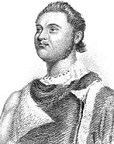


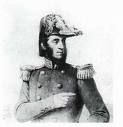
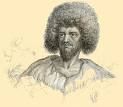













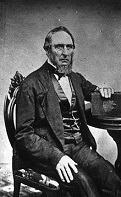



















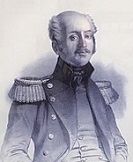
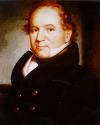



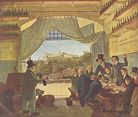
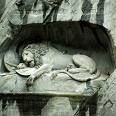
1820 Pop.: Austria: 12.0M, Britain: 20.8M, France: 30.4M, Germany: 26.0M, Italy: 18.0M. The Fourth (4th) U.S. Census reports a total pop. of 9,638,453 in a land area of 1,749,462 sq. mi. (5.5 per sq. mi.); New York City: 122K; U.S. immigration records begin to be kept; until 1890 most immigrants come from W and N Europe (England, Ireland, Germany, Scandinavia); from 1820-1920 4.25M immigrate from Ireland. The U.S. becomes the world's largest producer of cotton, with annual production of 335K bales, which rises to 3.8M in 1860 (two-thirds of all U.S. exports). On Jan. 1 the Trienio Liberal (Liberal Triennium) (ends 1823) begins when Carbonari under L:t. Col. Rafael del Riego y Nunez (Nuñez) (1784-1823) stage a successful liberal anti-absolutist revolt in Spain (ends 1823), and on Mar. 10 seize Ferdinand VII, forcing him to restore the liberal constitution of 1812; the bicameral Cortes converts uncultivated and crown lands into private property, dissolves monasteries and convents, and bans emigration. On Jan. 28 Russian explorers Fabian Gottlieb von Bellinghausen (1778-1852) and Mikhail Petrovich Lazarev (1788-1851) of the sloops Vostok and Mirny become the first to see the mainland of Antarctica, disproving the claim of Capt. Cook that it is impossible to find land in the S ice fields, going on to circumnavigate the continent 2x; in 1822-5 Lazarev circumnavigates the globe for the 3rd time on the frigate Kreyser. On Jan. 29 blind, deaf, and mad king (since Oct. 25, 1760) George III (b. 1738) dies in Windsor Castle, and his son the Prince Regent ("Prinny") ("Prince of Whales") succeeds him as George IV (1762-1830) (53rd British monarch) (until June 26, 1830), going on to be dominated by favorites and lead a dissolute irresponsible life, which pisses-off the public who have to pay for his lifestyle; his unsuccessful attempts to divorce his Rubenesque Catholic wife Caroline of Brunswick (1768-1821) (who is excluded from the coronation, and later arrives from Italy to claim her rights as queen consort) lead to widespread unpopularity, and a bill introduced before the House of Lords to deprive her of her title and dissolve the marriage on the grounds of adultery is withdrawn, although the public doesn't know about her bad B.O. and the pair's mutual infidelities; subject of the 1996 Sheree Folkson film A Royal Scandal; George IV orders his boots to be made to fit his left and right feet individually, ending the design of shoes for wear on either foot; in Apr. after delaying for fear of offending the old kinga, two productions of Shakespeare's King Lear are put on. In Jan. a devastating fire in Savannah, Ga. virtually destroys it, and it has to be rebuilt. On Feb. 3 Gia Long "the Great Conquerer" (b. 1762) dies, and his 4th son Minh Mang (1791-1841) becomes Nguyen emperor #2 of Vietnam (until 1841), presiding over its Golden Imperial Age, fighting French imperialism and promoting Confucianism and xenophobia toward Euros and Christians. You must be a saleslady whom I never met? A 60-year struggle ensues for the French throne as the French go republican and throw all the royal bums out? On Feb. 13 (evening) the Duke of Berry, son of the Count of Artois (Charles X) (last heir of the Bourbon line) is stabbed and killed ("I am murdered; I am holding the hilt of the dagger") as he leaves the Opera by royal stable boy (a Republican) Louvel, leaving his nephew Louis Napoleon (later Napoleon III) the male heir to the French throne; his post. son Henri, Comte de Chambord (1820-83), grandson of Charles X is born 7 mo. later (Sept. 29) to the Duchesse de Berry, but the Duke of Orleans (Comte de Paris) contests the legitimacy of his birth, and they become lifelong rivals; French diehard monarchists call the child the Dieudonne (gift from heaven) and the Dove of Peace, and cling to him until his death; the shock causes the ultra-royalist party to gain strength; meanwhile ultra-royalist Francois-Rene de Chateaubriand sides with the court again, writing "Memoires sur la Vie et la Mort du Duc", returning him to royal favor and getting him appointed ambassador to Prussia in 1821, to the U.K. in 1822, and foreign affairs minister in Dec. 28, 1822-Aug. 4, 1824. On Feb. 18 after Lord Cochrane captures Valdivia and tries to occupy the Chiloe Archipelago, last stronghold of the Spanish in Chile, the Battle of Agui at Ft. Agui in Fuerto de Agui near Ancud, Chiloe is a V for the Spanish royalists over 60 Chilean patriots. On Feb. 20 royalist former PM (1815-18) Armand Emmanuel Sophie Septimanie de Vignerot du Plessis, 5th Duc de Richelieu (1766-1822) becomes PM #5 of France (until Dec. 14, 1821), resigning after being caught in the middle between the liberals and ultra-royalists. In Feb. 500-1K free blacks sail from the Barbados to found the country of Liberia in West Africa, sponsored by the Washington (Am.) Colonization Society, becoming the only sub-Saharan African country never to be under European control; the U.S. dispatches naval vessels to the coast of West Africa to patrol for slavers until 1823; on Jan. 7, 1822 Monrovia (named after Pres. Monroe, becoming the 2nd nat. capital named after a U.S. pres. after Washington, D.C.) (modern-day pop. 1M) in Cape Mesurado is first settled, becoming the first permanent African-Am. settlement in Africa; by 1847 3,198 arrive from the Lesser Antilles in the Caribbean Islands. On Mar. 3 the Missouri Compromise, drafted by U.S. sens. William Pinkney et al. approves Missouri's admission as a slave state, then divides future U.S. states into slave and free along the Mason-Dixon Line, which is extended from the Penn. border down the Ohio River to the Mississippi River at 36 deg. 30 min. N lat. (Missouri's S boundary); on Mar. 15 "Pine Tree State" Maine is admitted as the 23rd U.S. state, but Missouri must wait until next year; handsome Kentucky Rep. Henry Clay (1777-1852) becomes known as the Great Compromiser; Thomas Jefferson writes the soundbyte that the resurgence of the slavery issue is "Like a fire bell in the night. This momentous question awakened and filled me with terror. I considered it at once the knell of the Union"; those against the expansion of slavery are often really against the introduction of blacks into all-white states, incl. Abraham Lincoln? On Mar. 9 Pres. Monroe's daughter Maria Hester Monroe (1803-50) marries his personal secy. (her first cousin) Samuel Laurence Gouverneur (1799-1867) (son of her mother Elizabeth's sister Sarah), becoming the first daughter of a pres. to wed in the White House (next 1842); too bad, only 40 guests, private, and little public interest. On Mar. 25 new Hawaiian king Kamehameha II writes a letter to Russian tsar Alexander I, claiming about Russian claims to Kauai (Kaua'i) and the role of Russian subjects in supporting a revolt; he never receives a reply because the letter ends up in the U.S. instead of Russia, and goes on to seek an alliance with the British and French to counterbalance the Russkies; meanwhile he moves the royal court to Lahaina, appointing 6'3" 400 lb. John Adams Ki'iapalaoku Kuakini (1789-1844) (brother of his favorite wife Ka'ahumanu) as the first royal gov. of Hawaii Island. In spring after reading a passage in the New Testament admonishing those who lack wisdom to seek it from a divine source, 14-y.-o. Joseph Smith Jr. prays out loud for the first time in his life and receives his First Vision in the Sacred Grove in Manchester, N.Y., in which an evil power attempts to overcome him until he is rescued by two shining personages, which turn out to be Jehovah and Jesus, who tell him that all existing churches teach corrupted doctrines, becoming the basis of the Mormon beliefs that Jehovah has a body and that Mormonism is the only path to salvation; "I saw a pillar of light exactly over my head above the brightness of the sun, which descended gradually until it fell upon me"; one spoke Joseph's name, pointed to the other, and said, "This is My Beloved Son. Hear Him!"; too bad, he doesn't mention it until June 1830, and changes the dates and other details, embellishing it as he goes, making it pure historical fiction, while the LDS Church turns it into their #1 founding dogma?; this is alleedly followed by an 1823 appearance of angel Moroni, who, having a pipeline to God had told him the true history of the American continent, how it was first colonized by the Lost Tribes of the Jews, then visited by fictional Bible figures incl. Jesus Christ, who gave them the true religion, after which there was a dreadful apostasy, causing their skin to darken as punishment (creating the Indians), and how now that his pure whiteness has arrived, he will become head of the one true, new, and improved church and get all the worshipful, adoring white poontang he can shake his fork at as compensation, making everybody look like snack-and-seal Elvis?; of course, he has to endure a get-the-odors-out 4-year college-free worthiness quest before being permitted to graduate into the big leagues of come-hungry-leave-happy prophetdom? On Apr. 3-8 the Scottish Insurrection (Radical War) sees radical weavers revolt against the govt. and get crushed, discouraging radical unrest, after which the 1832 Reform Act gives Glasgow its own MP. On Apr. 8 the 6'8" (203 cm) armless topless Venus de Milo sculpture of Aphrodite by Alexandros of Antioch is discovered on the Greek island of Milos (Melos) by peasant Yorgos Kentrotas, then given by French naval officer Jules Sebastien Caesar Dumont d'Urville (1790-1842) to French ambassador to Turkey (1815-21) Charles-Francois de Riffardeau, Marquis de Riviere (1763-1828), who arranges for its purchase by the French govt.; Riviere is created duke in 1825. On Apr. 18 Hawaii is "settled" by Calvinist missionaries from New England, who go to work spreading Christianity, sex guilt, and disease - cover those what up? On Apr. 21-24 Guatemala City is unsuccessfully attacked by Colombian insurgents led by French pirate (now commodore) (friend of Simon Bolivar) Louis-Michel Aury (1788-1821). On June 6 an expedition led by Maj. Stephen Harriman Long (1784-1864) goes W from the Missouri River into Neb., and along the Platte River, sighting 14,259-ft. Longs (not Long's) Peak near Estes Park, Colo. (northernmost of the 54 "fourteeners" in the Colo. Rocky Mts.) on June 13; when he returns, Long reports that the entire area between the Missouri River and the Rocky Mts. is unsuitable for farming, despite seeing fields of corn, beans, and pumpkin being cultivated by Pawnees, causing the Great Plains to become known as the "Great American Desert" for the next 50 years; by the 20th cent. it contains the largest irrigated area on Earth. On Apr. 24 to compensate for the Panic of 1819, the U.S. Land Act of 1820 reduces the min. price of land from $2.00 to $1.25 an acre, and the min. size of a std. tract from 160 to 80 acres, with the min. full payment set at $100; the "West" starts in Ohio and goes through Mo. Territory and the Northwest Territory. On July 2 inspired by the Spanish rev., the Carbonari in the Italian army led by Neapolitan Gen. Guglielmo Pepe (1783-1855) launch the Neapolitan Rev. of 1820 (ends 1821), with the expressed aim of helping the poor; on July 15 Ferdinand I pretends to renege on his agreement with Austria and promises a new constitution, but after he realizes they're trying for Sicilian autonomy and getting help at the Congress of Troppau he reneges, causing the secret society called the Camorra to be organized in Naples by former prisoners, its Camorristi becoming notorious for terror, blackmail, bootlegging, and other crimes, while being used by the Bourbon monarchy in Naples until 1861, when it is suppressed and many of its members flee to the U.S., feeding the growing Italian-Am. Mafia; members receive two cool knives as their IDs. On July 4 a new U.S. flag with 23 stars (design #5), which now incl. Alabama and Maine is adopted by Congress. On July 15 sparked by the Neapolitan rev., the Sicilian Rev. of 1820 (ends 1821) begins when workers violently demonstrate in Palermo, showing such excesses that the moderates in Naples help the Sicilian govt. violently quash them. On Aug. 24 the Portuguese Liberal Rev. of 1820 begins when Portuguese troops stimulated by the Spanish rev. mutiny in Oporto and Lisbon, and the rev. quickly and peacefully spreads throughout the country; Portuguese Romantic poet Joao Baptista da Silva Leitao, Visconde de Almeida-Garrett (1799-1854) is exiled after participating in the liberal revolt (until 1832), going on to hobnob with French Romantics and Sir Walter Scott. On Sept. 2 Emperor (since Feb. 9, 1796) Qin Jia Qing (Yongyan) (b. 1760) dies, and on Oct. 3 Qin Dao Guang (Qing Xuan Zong) (1782-1850) becomes Qing (Manchu) emperor #8 of China (until Feb. 25, 1850). In Sept. taking advantage of the civil war in Spain, Argentine gen. Jose (José) Francisco de San Martin y Matorras (1778-1850) lands an invasion army at the seaport of Pisco, Peru. In Sept. Portuguese from Brazil finish conquering Uruguay (begun 1816), annexing the Banda Oriental to Brazil as the Cisplatine State; Gen. Jose Gervasio Artigas flees to Paraguay after issuing the soundbyte "I will not sell the rich heritage of Orientals at the low price of necessity", and drops out of sight until his death 30 years later. In Sept. after two feverish years in bunny love with hot Fanny Brawne, output peaks, John Keats comes down with TB. beauty-worshiping English poet John Keats (1795-1821) is sent by friends to sunny Italy in hopes of a cure for his TB, but only lasts a few mo. before dying next Feb. in Rome at the tender age of 26. On Oct. 8 king (since 1811) Henri I Christophe of Haiti (b. 1767), having spent 14 years building a fortress with 20K workers, of which 10K die of exhaustion runs out of credit with his subjects, and faced with desertion by his bodyguard and nobles for his avarice and cruelty shoots himself with a silver bullet and commits suicide, and Pres. Jean Pierre Boyer unifies mambo-voodoo-land Haiti - nobody beats the king, nobody? On Oct. 20 the revolts in Spain, Naples et al. cause the Holy Alliance to convene the Congress of Troppau in Silesia to discuss ways to suppress them, signing the Troppau Protocol on Nov. 19 threatening armed action against all revolutionaries who upset the status quo; it adjourns after agreeing to reconvene next Jan. at Laibach (Lyublyana) in Slovenia. On Nov. 1 Rose Law Firm in Little Rock, Ark. is founded by Robert Crittenden (1797-1834) and Chester Ashley (1791-1848); in 1861 Uriah Milton Rose (1834-1913) joins the firm; in Feb. 1977 Hillary Rodham Clinton (1947-) joins it. On Nov. 2 after sailing from St. Petersburg, Russian explorer Baron Ferdinand Friedrich Georg Ludwig von Wrangel (1797-1870) reaches Nizhnekolymsk, switching to dog sleds and journeying to Cape Shelagsky next year, then sailing up the Kolyma River 125 mi. into the interior (Yakut country), resuming on Mar. 10, 1822 and traveling on the ice for 46 days, reaching 72 deg 2 min. N lat. before returning to St. Petersburg on Aug. 15, 1824 with the news that there is open sea not dry and N of Cape Shelagsky, describing the coastline of Siberia from the Indigirka River to Kolyuchinskaya Bay in the Chukchi Sea; in 1825-7 he commands the Krotky on a world voyage, then on June 1, 1830 becomes gov. #6 of Russian Am. (until Oct. 29, 1835). On Nov. 20 the whale ship Essex is rammed and sunk by a sperm whale, and first mate Owen Chase (1797-1869) writes (or narrates to William Coffin Jr.) an account that is pub. next year, inspiring Herman Melville to write "Moby Dick". In Nov. the U.S. Congress reconvenes, and the admission of Mo. is the hot topic; meanwhile the 1820 U.S. Pres. Election sees Pres. Monroe's "Era of Good Feelings" shaken a little by his acceptance of the Missouri Compromise, but his reelection is so taken for granted that no one bothers even to nominate him; after deciding next Feb. 13 to tally the votes twice, once with Mo. incl. as a state and once not, the votes are counted next Feb. 14, and Monroe receives 230 out of 231 electoral votes; dissident N.H. Independent Repub. Party elector William Plumer (1759-1850) of N.H. votes for J.Q. Adams; "the unanimity of indifference, and not of approbation" (Repub. Sen. John Randolph of Va.). On Dec. 7 Pomare II (b. 1782) dies of alcoholism, and his infant 2nd son Teri'i-ta-ria Pomare III (1820-7) becomes king #3 of Tahiti (until 1827) under a regency council. On Dec. 18 the U. of Ala., "the Capstone" is founded by the Ala. legislature as a seminary; in 1860 it is turned into a military school; on Apr. 4, 1865 Union troops burn the campus down, and it reopens in 1871, with 40K acres of coal land granted to it by Congress in 1880; in 1892 it admits women; the football team (1892) is called the Crimson Tide; it is integrated in 1963. On Dec. 20 Missouri puts a $1 compromise tax on all bachelors - do the math and save? On Dec. 22 Daniel Webster gives his Plymouth Bicentennial Speech in Plymouth, Mass., referring to the 1620 Mayflower Puritans as the "Pilgrims", causing the term to catch on. The Vienna Congress passes its final act. An effort in the U.S. Senate to pass a higher tariff fails by one vote. The U.S. Congress approves an act specifying total non-intercourse with all British vessels, all British colonies in the Americas, and all goods taken to England and reexported. The Cato Street Murder Conspiracy against British cabinet ministers is discovered, and its leaders executed. Egyptian pasha (since May 17, 1805) Mehmet (Muhammad) Ali (1769-1849) begins an expedition (ends 1821) to conquer N Sudan, Nubia, Sanar, and Kordofan to gain water, land, gold, and Nubian slaves, and open the way to Ethiopia and Uganda. The Egyptian gov. of Deriye is overthrown, and Turki (-1830) becomes independent Wahabi emir of Arabia in Riad. Bahrain becomes a British protectorate. An assassination plot against Paraguayan dictator Dr. Jose Gaspar Rodriguez de Francia causes him to destroy the country's creole elite, and close the Seminary, the country's only institution of higher learning. By this year Zulu chief (since 1816) Shaka Zulu (1785-1828) rules most of SW Africa and Natal. The British enforce a partial truce with the pirates of the Pirate Coast, who had been threatening the sultanate of Muscat and Oman. Americans, British, and Russians vie to claim to be the first to sight the Antarctic continent. Selma, Ala. on the Alabama River, named from the Ossianic poem "The Songs of Selma" ("high seat or throne") is incorporated by future U.S. vice-pres. William R. King; in 1866 it becomes the seat of Dallas County. Martin Van Buren is elected to the U.S. Senate from N.Y. Maine discontinues tax support for its Congregationalist churches. To offset the Dutch, 10K British settlers settle on small farms in Zuurveld on the Eastern Cape Frontier, ending up migrating to the towns. In this decade the Chinese opium trade starts to expand rapidly under British govt.-backed dope pushers. Platinum deposits are discovered in the Russian Urals. Mich. Territory gov. #2 (1813-31) Lewis Cass (1782-1866) leads an expedition to N Minn. to discover the source of the Mississippi River, and claims 10-mi.-long. Cass Lake in NC Minn. as the source; expedition geologist Henry Schoolcraft (1793-1864) changes it to nearby Recently-graduated botanist Edwin James becomes the first white to ascend Pikes Peak in Colo., along with other Colo. peaks. Lake Itasca in NW Minn. in 1832. Conn.-born Am. seal hunter Nathaniel Brown Palmer (1799-1877) of the sloop Hero becomes the first white man to sight Antarctica, discovering Palmer Peninsula (Land), the most northerly part, directly S of South Am., between the Weddell Sea on the E and Bellinghausen Sea on the W. By now there are 69 steamboats operating on W U.S. rivers. In this decade Gift Books are first marketed by the publishing industry, inventing modern Christmas gift-giving. The Lutheran Gen. Synod in the U.S. is organized by Samuel Simon Schmucker (1799-1873), and the new "American Lutheranism" begins to move closer to Reformed and Evangelical Christianity. The Am. Board of Commissioners for Foreign Missions sends its first missionaries abroad, to Hawaii; the Wesleyan Missionary Society sends missionaries to New Zealand and Tonga - tasty? The popularity of the Georgian architectural style in the U.S. (incl. the Federal style) is swept away by Greek neoclassicism until after the U.S. Civil War; by 1825 Georgian architecture is dead in the U.S. Walter Scott becomes a baronet, Sir Walter Scott (1771-1832), Bart. English actor Edmund Kean (1787-1833) is a hit as Shakespeare's Richard III in New York City. Col. Robert Gibbon Johnson (1771-1850) eats tomatoes in front of a crowd in Salem, N.J., proving that they are safe to eat - wonder what else is safe to eat? English surgeon Sir Astley Paston Cooper (1768-1841) (pioneer of vascular surgery, the first to treat aneurysms by ligation of the blood vessel) removes an infected sebaceous cyst from George IV's head, receiving a baronetcy for it 6 mo. later, plus an appointment to sgt. surgeon to George IV, William IV, and Queen Victoria - please a fathead, get ahead? Hungarian philologist Alexander Csoma de Koros (Sandor Korosi Csoma) (1784-1842) travels to Ladakh, India, and begins studying the Tibetan language, moving to Zangla Monastery in Zanskar and becoming a Buddhist monk, going on to pub. a dictionary in 1824, founding Tibetology and introducing Westerners to Buddhism. In this decade Las Vegas (Sp. "the meadows") in Nevada is founded by the Spanish as an oasis. The first baked potato men appear on London streets, selling hot baked potatoes as combo food and hand warmers from fall through spring until 1900-1 - no wonder they stopped eating the skins? In this decade U.S. book publishers labor under the commonplace saying, "In the four quarters of the Globe, who reads an American book?" In this decade William Wordsworth finally is praised by the critics, although he has turned into a lamer and they're just catching up with his early works - ask your rheumatologist and envision your possibilities? Ft. Snelling (St. Anthony) is begun (finished 1824) at the confluence of the Mississippi and Minnesota Rivers in Minn. by U.S. col. Josiah Snelling (1782-1829) to eliminate British influence in the NW U.S., becoming the first permanent white outpost in Minn., manned by 200-350 troops of the U.S. 5th Infantry. In this decade the French term "raconteur" is coined for a storyteller. Richard Carlile begins pub. The Republican from jail, which pisses-off the govt. so much that they arrest his wife, sister, and a number of workers on the periodical, but the public outcry finally forces his release in 1825; after he founds the radical weekly The Gordon, they jail him again in 1830-3 and 1834-5. The Edinburgh Phrenological Society in Scotland is founded. Sports: Ballown, a type of punch-soccer is first played in the U.S. Architecture: The Marble Arch in London is designed by architect John Nash (1752-1835) for Buckingham Palace; in 1851 it is moved to the NE corner of Hyde Park, later becoming marooned on a traffic island near Speakers' Corner and the Tyburn Tree. Regent's Canal in London opens. Capt. Samuel Brown (1776-1852) builds Union Bridge, the first vehicular suspension bridge in Britain. The Federal-style Taft Mansion in Cleveland, Ohio is built; in 1908 William Howard Taft accepts the Repub. pres. nomination on the entrance portico. Inventions: ? Birkinshaw discovers a way for wrought-iron rails to be rolled cheaply enough to substitute for the more brittle cast-iron rails. In this decade the cornet is invented by Jean-Louise Antoine, modified from the circular post horn. ? De la Rue invents the incandescent lamp? About this time German composer-violinist Louis (Ludwig) Spohr (1784-1859) invents the violin chin rest - modeled after his wife's crotch? Science: French chemist Henri Braconnot (1781-1855) obtains glycine (Gr. for sweet) and leucine (Gr. for white) by treating gelatin with sulfuric acid; it takes until 1935 to isolate all 20 amino acid molecules in protein (glycine being the simplest). French physician Pierre Fidele Bretonneau (1778-1862) first describes diphtheria. French chemist M. Desfosses isolates solanine from the European black nightshade (Solanum nigrum). Dutch physicist Hans Christian Oersted (1777-1851) discovers that an electric current in a wire deflects a compass needle, the direction depending on the direction of current flow, thus discovering electromagnetism; French physicist Andre-Marie Ampere (André-Marie Ampère) (1775-1836) repeats his experiments and discovers that two current-carrying wires exert a reciprocal action upon each other, and pub. Ampere's Law. Pierre Joseph Pelletier and Joseph Biename Caventou discover quinine and cinchonine. Nonfiction: Andre-Marie Ampere (1775-1836), Laws of the Electrodynamic Action. Friedrich Wilhelm Bessel (1784-1846), Tabulae Regiomontanae; establishes a uniform system for reduction (computation) of star positions, which becomes the std.; from 1821-33 he tabulates positions for stars up to the 9th magnitude, bringing his total to 50K - talk about having his head in the clouds? Thomas Brown (1778-1820), Lectures on the Philosophy of the Human Mind. Maria, Lady Callcott (1785-1842), The Months Passed in the Mountains East of Rome During the Year 1819; Memoirs of the Life of Nicholas Poussin. Charles Caleb Colton (1780-1832), Lacon, or Many Things in Few Words, Address to Those Who Think (2 vols.) (1820, 1822); "The study of mathematics, like the Nile, begins in minuteness but ends in magnificence." Thomas Erskine (1788-1870), Internal Evidence for the Truth of Revealed Religion. William Godwin (1756-1836), Of Population: An Enquiry Concerning the Power of Increase in the Numbers of Mankind; disputes Thomas Malthus' claim that the human pop. doubles every 25 years because with the current rate of childhood deaths every married couple would have to have at least eight surviving children. Johann Joseph von Gorres (1776-1848), Germany and the Revolution. Thomas Hodgskin (1787-1869), Travels in North Germany. Thomas Jefferson (1743-1826), The Life and Morals of Jesus of Nazareth (AKA The Jefferson Bible); The Life and Morals of Jesus of Nazareth AKA The Jefferson Bible, a cut-and-paste job on the New Testament excluding all mention of the supernatural incl. Jesus' miracles and resurrection, plut anything that portrays him as divine. Isaak Markus Jost (1793-1860), The History of the Israelites from the Time of the Maccabees (9 vols.) (1820-9); first serious modern work on Jewish history; too bad, it treats the Bible miracles as fairy tales, along with the Messiah, and recommends that Jews assimilate. Thomas Malthus (1766-1834), Principles of Political Economy; claims that a "general glut" of goods can cause a lack of "effectual demand" that stagnates the economy and creates a deflationary spiral, invalidating Say's Law. Wilhelm Mueller (1794-1827), Rom, Romer under Romerinne; Rome and Romans. Philippe-Dieu-donne-Noel Olivarius, The Prophecy of Noel Olivarius, allegedly by Nostradamus, claiming to be 260+ years old, fooling Napoleon when it predicts his rise; a similar forgery, The Prophecy of the Solitary of Orval is pub. in 1839, also predicting Napoleon's rise before the French Rev. Robert Southey (1774-1843), The Life of Wesley; and Rise and Progress of Methodism (2 vols.). Music: Daniel Auber (1782-1871), La Bergere Chatelaine (opera). Franz Schubert (1797-1828), Die Zwillingsbruder, D647 (opera) (June 14) (Kerntnertor Theater) (a flop); Die Zauberharfe, D644 (opera) (Aug. 19) (Kerntnertor Theater) (a flop); Quarttetsatz, D703; Lazarus (oratorio); The Twenty-Third Psalm. Art: Lucas Ahorn and Bertel Thorvaldsen, The Great Lion of Lucerne (sculpture) (1820-1); cut out of rock outside the gates to commemorate the French royal Swiss Guard. Julius Schnorr von Carolsfeld (1794-1872), Portrait of Klara Bianka von Quandt; a Nazarene hit? John Constable (1776-1837), Harwich Lighthouse. Peter von Cornelius (1784-1867), Tavern. Francisco de Goya (1746-1828), The Black Paintings; chilling scenes of witchcraft et al. in blacks, browns and greys, painted on the walls of his country house in Prado - the Devil wears Prado? Jean-Baptiste Isabey (1767-1855), Boat; himself and his family. Plays: Lord Byron (1788-1824), Marino Faliero, Doge of Venice. Casimir Delavigne (1793-1843), Comediens. Allan Cunningham (1784-1842), Sir Marmaduke Maxwell. Percy Bysshe Shelley (1792-1822), The Cenci: A Tragedy in Five Acts; (pr. CHEN-chee); verse drama composed in Rome; Elizabethan-style tragedy about patricidal Beatrice Cenci (1577-99); Prometheus Unbound: A Lyrical Drama in Four Acts, With Other Poems; Prometheus is liberated by Demogorgon and forgives his tormentor Jupiter, allowing corrupt govt. institutions to be destroyed and love and beauty to reign, albeit not necessarily forever; incl. Ode to the West Wind; a response to the Aug. 1819 Peterloo Massacre, calling on the winds to spread change in the world; also incl. To a Skylark; written after an evening walk in the country near Livorno, Italy with his wife Mary; "Hail to thee, blithe Spirit!/ Bird thou never wert." Poetry: Willibald Alexis (1798-1871), Die Treibjagd. John Banim (1798-1842), The Celt's Paradise. Leigh Hunt (1784-1859), Amyntas, A Tale of the Woods. John Keats (1795-1821), Lamia, Isabella, The Eve of St. Agnes, and Other Poems (July); about ancient, Renaissance, and medieval dames; incl. Lamia, Isabella; or, The Pot of Basil, The Eve of St. Agnes, To Autumn, Hyperion (unfinished) (pub. 1856). Alphonse de Lamartine (1790-1869), Meditations Poetiques (Méditations poétiques) (Poetic Meditations); incl. Le Lac (The Lake); Lac du Bourget; makes him a star. Thomas Moore (1779-1852), The Journal of a Member of the Pococurante Society. Alexander Pushkin (1799-1837), Ruslan and Ludmila; a fairy tale about Ludmila, daughter of Prince Vladimir of Kiev by an evil wizard and the attempt by brave knight Ruslan to rescue her; opening lines are inspired by an oak tree in Taganrog near Rostov on Don; The Prisoner of the Caucasus (1820-1). Percy Bysshe Shelley (1792-1822), The Witch of Atlas. Robert Southey (1774-1827), What Are Little Boys Made Of?; "What are little boys made of?/ Snips and snails/ And puppy-dogs' tails"; "What are little girls made of?/ Sugar and spice and all things nice." Novels: James Fenimore Cooper (1789-1851), Precaution (first novel); a country gentleman, he wrote it on a bet that he could write a better novel than the one he'd just read? John Galt (1779-1839), The Earthquake (3 vols.); Glenfell. E.T.A. Hoffmann (1776-1822), Lebensansichten des Katers Murr (1820-22) (unfinished). Washington Irving (1783-1859), The Sketch Book of Geoffrey Crayon, Gent.. Charles Robert Maturin (1782-1824), Melmoth the Wanderer; the sequel Melmoth Reconciled to the Church is written by Honore de Balzac in tribute after his death. Jean Paul (1763-1825), The Comet, or Nikolaus Markgraf (1820-2). Sir Walter Scott (1771-1832), Ivanhoe; 13th cent. knights incl. Cedric the Saxon; Rebecca and Lady Rowena; coins the term "freelance"; makes the name Cedric (OE "war leader") popular in Britain; Mark Twain later blames it for starting the U.S. Civil War by glorifying outmoded ideals of rank and privilege. Births: Am. stage actor John Lester (John Johnstone) Wallack (d. 1888) on Jan. 1 in New York City; son of English actor James William Wallack (1794-1864); born during a parental visit to the U.S.; marries a sister of painter Sir John Everett Millais. British-Am. actress Louisa Lane Drew (d. 1897) on Jan. 10 in London; marries actor John Drew (1827-62) and founds the Drew-Barrymore U.S. acting dynasty with son John Drew Jr. (1853-1927) and daughter Georgina Barrymore (1856-1893). Am. Jefferson Territory provisional gov. (1859-61) Robert Williamson Steele (d. 1901) on Jan. 14 near Chillicothe, Ohio; educated at the Law School of Cincinnati. German Lutheran missionary-explorer Johannes Rebmann (d. 1876) on Jan. 16 in Gerlingen (near Stuttgart), Wurttemberg. English "Agnes Grey", "The Tenant of Wildfell hall" novelist Anne Bronte (Brontë) (d. 1849) (AKA Acton Bell) on Jan. 17 in Thornton, West Riding of Yorkshire; youngest of the three Bronte sisters incl. "Jane Eyre" Charlotte (1816-55) (Currer Bell), and "Wuthering Heights" Emily Jane (1818-48) (Ellis Bell). French geologist-mineralogist Alexandre-Emile Beguyer (Béguyer) de Chancourtois (d. 1886) on Jan. 20 in Paris. Am. New York Times co-founder and Repub. N.Y. lt.-gov. (1855-6) and U.S. Rep. (R-N.Y.) (1865-7) Henry Jarvis Raymond (d. 1869) on Jan. 24 near Lima, N.Y.; educated at the U. of Vt.; chmn. #2 of the Repub. Nat. Committee (1864-6). Am. Civil War Union Gen. William Tecumseh Sherman (d. 1891) on Feb. 8 in Lancaster, Ohio; father Charles Sherman serves in the Ohio militia in the War of 1812, and his mother Mary talks him out of naming his son after Indian leader Tecumseh until the 3rd son, him; he is later adopted by the Ewings, who give him the Christian name of William. Cuban friar Jose Olalla Valdes (d. 1889) on Feb. 12 in Havana; beatified on Nov. 29, 2008. Am. suffragist-temperance-abolitionist leader (Quaker) Susan Brownell Anthony (d. 1906) on Feb. 15 in Adams, Mass. Swedish PM (1880-3) Count Arvid Rutger Fredriksson Posse (d. 1901) on Feb. 15 in Helsingborg. Belgian violinist-composer Henri Vieuxtemps (d. 1881) on Feb. 17 in Verviers (near Liege). English "Alice in Wonderland", "Dropping the Pilot" illustrator and caricaturist Sir John Tenniel (d. 1914) on Feb. 28 in London; blinded in one eye in 1840 while fencing with his father. Dutch "Max Havelaar" #1 novelist Eduard Douwes Dekker (AKA Multatuli) (d. 1887) on Mar. 2 in Amsterdam; relative of Ernest Douwes Dekker (1879-1950). U.S. Supreme Court justice #48 (1882-93) Samuel Blatchford (d. 1893) on Mar. 9 in Auburn, N.Y.; educated at Columbia U. Italian king (1861-78) and Sardinian king (1849-61) Victor Emmanuel II (d. 1878) on Mar. 14 in Turin; eldest son of Charles Albert of Sardinia (1798-1849) and Maria Theresa of Austria (1801-55). Am. Civil War Union gen. Patrick Edward Connor (d. 1891) on Mar. 17 in County Kerry, Ireland; emigrates to the U.S. in 1839. Am. Civil War Union Gen. William Franklin Raynolds (d. 1894) on Mar. 17 in Canton, Ohio. French physicist Alexandre-Edmond Becquerel (d. 1891) on Mar. 20 in Paris; son of Antoine Cesar Becquerel (1788-1878); father of Antoine Henry Becquerel (1852-1908). Romanian king (1862-6) and prince of Moldavia-Wallachia (1859-62) Alexander John Cuza (Alexandru Ioan Cuza) I (d. 1873) on Mar. 20 in Barlad, Moldavia. Am. "Safe in the Arms of Jesus" hymn writer-poet (Methodist) (blind) Frances Jane "Fanny" Crosby (d. 1915) on Mar. 24 in Southeast, N.Y.; educated at the N.Y. Inst. for the Blind. English "Black Beauty" novelist Anna Sewell (d. 1878) on Mar. 30 in Great Yarmouth, Norfolk. French photographer Nadar (Gaspard-Felix Tournachon) (Gaspard-Félix Tournachon) (d. 1910) on Apr. 6 in Paris (Lyon?). Am. Baptist minister James Robinson Graves (d. 1893) on Apr. 10 in Chester, Vt.; raised Congregationalist. Am. baseball inventor Capt. Alexander Joy Cartwright II (d. 1892) on Apr. 17 in New York City. English sociologist-philosopher-biologist Herbert Spencer (d. 1903) on Apr. 27 in Derby, Derbyshire; coiner of the term "survival of the fittest". U.S. First Lady (1844-5) Julia Gardiner Tyler (d. 1889) on May 4 in East Hampton, N.Y.; 2nd wife of Pres. John Tyler (1790-1862). Irish explorer (of Australia) Robert O'Hara Burke (d. 1861) on May 6 in County Galway; emigrates to Australia in 1853. English nursing pioneer ("The Lady with the Lamp") Florence Nightingale (d. 1910) on May 12 in Florence, Tuscany, Italy; rich upper-class English parents live in Embley Park, Derbyshire; maternal granddaughter of Will Smith (1756-1835) - get it? Russian #1 historian Sergey Mikhaylovich Solovyov (d. 1879) on May 17 (May 5 Old Style) in Moscow; father of Vladimir Solovyov (1853-1900) and Vsevolod Solovyov (1849-1903); educated at Moscuw U. Am. "poet of the Confederacy" Margaret Junkin Preston (d. 1897) on May 19 in Milton, Penn. Am. diving bell inventor James Buchanan Eads (d. 1887) on May 23 in Lawrenceburg, Ind.; self-educated civil engineer. French Princess Mathilde Laetitia Wilhelmine Bonaparte, Princess Francaise (d. 1904) on May 27 in Triest, Italy; daughter of Jerome Bonaparte (brother of Napoleon Bonaparte) and 2nd wife Catharine of Wurttemberg, daguther of King Frederick I of Wurttemberg. Am. "Barlett's Familiar Quotations" publisher John Bartlett (d. 1905) on June 14 in Plymouth, Mass. English Great Northern Railway engineer Patrick Stirling (d. 1895) on June 29. Scottish engineer William John Macquorn Rankine (d. 1872) on July 5 in Edinburgh. Am. "De Bow's Review" publisher James Dunwoody Brownson "J.D.B." De Bow (d. 1867) on July 20 in Charleston, S.C.; Dutch Huguenot descent father, S.C. planter family mother. Canadian Liberal PM #3 of Ontario (1872-96) Sir Oliver Mowat (d. 1903) on July 22 in Kingston, Ont. English pottery manufacturer Sir Henry Doulton (d. 1897) on July 25 in Vauxhall; son of John Doulton (1793-1873); brother of Frederick Doulton (1824-72); educated at Univ. College School; knighted in 1887. English architect and art historian Sir Matthew Digby Wyatt (d. 1877) on July 28 in Rowde; brother of Thomas Henry Wyatt (1807-80). Irish experimental physicist John Tyndall (d. 1893) on Aug. 2 in Leighlin-Bridge, County Carlow. Am. "The Battle Cry of Freedom" songwriter George Frederick Root (d. 1895) on Aug. 30 in Sheffield, Mass.; named after George Frideric Handel. French playwright Guillaume Victor Emile Augier (d. 1889) on Sept. 17 in Valence, Drome. French king-pretgender (1830) ("Dieudonne") ("Dove of Peace") Henri Charles Ferdinand Marie Dieudonne d'Artois, Comte de Chambord, Duc de Bordeaux (Henri V) (d. 1883) on Sept. 29 in the Tuileries Palace, Paris; posth. son of Charles Ferdinand, duke of Berry (1778-1820) and Princess Marie-Caroline Ferdinande Louise of the Two Sicilies (1798-1870) (daughter of Francis I of the Two Sicilies); grandson of Charles X; nobody is present in the room when he is born, causing detractors to claim he isn't a legit French prince; becomes a cripple after a fall from a horse. Swedish soprano ("the Swedish Nightingale") Johanna Maria "Jenny" Lind (d. 1887) (Mme. Otto Goldschmidt) on Oct. 6 in Stockholm. Canadian geologist-educator Sir John William Dawson (d. 1899) on Oct. 13 in Pictou, Nova Scotia; of Scottish descent. French Romantic painter-writer Eugene (Eugène) Fromentin (d. 1876) on Oct. 24 in La Rochelle; studies with Louis Cabat; specializes in scenes from N Africa esp. Algeria. English archeologist-geologist William Kenneth Loftus (d. 1858) on Nov. 13 in Linton, Kent; educated at Caius College, Cambridge U. Am. diplomat Anson Burlingame (d. 1870) on Nov. 14 in New Berlin, N.Y. Am Confed. brig. gen. Lawrence O'Bryan Branch (d. 1862) on Nov. 28 in Enfield, N.D.; nephew of John Branch (1782-1863). German "The Communist Manifesto" philosopher (Marxism co-founder) Friedrich Engels (d. 1895) on Nov. 28 in Barmen, Prussia; textile manufacturer father. English Liberal politician and jurist John Duke Coleridge, 1st Baron Coleridge (d. 1894) on Dec. 3; eldest son of John Taylor Coleridge (1790-1876); great-nephew of Samuel Taylor Coleridge (1772-1834); educated at Eton College, and Balliol College, Oxford U. Scottish theologian John Caird (d. 1898) on Dec. 15 in Greenock; brother of Edward Caird (1835-1908). Am. tobacco magnate George Washington Duke (d. 1905) on Dec. 18 in Orange County, N.C. Korean political leader ("the Great Archduke") Taewon-gun (Heungseon Daewongun) (Yi Hae-eung) (d. 1898) on Dec. 21. Am. Civil War Union gen. Thomas William "Fighting Tom" Sweeny (d. 1892) on Dec. 25 in Cork, Ireland; emigrates to the U.S. in 1832. Irish "Contempt of Court" playwright-actor-impresario (Protestant) Dion Boucicault (Dionysius Lardner Boursiquot) (d. 1890) on Dec. 26 in Dublin. Scottish Liberal MP (1853-80) Dudley Coutts Marjoribanks, 1st Baron Tweedmouth (d. 1894) on Dec. 29; creator of the golden retriever dog breed; father of Edward Marjoribanks, 2nd baron Tweedmouth (1849-1909); created baronet in 1866, and baron in 1881. Am. John Brown raider (black) ("huge mulatto) Dangerfield F. Newby (d. 1859) in Culpeper County, Va.; white slave owner father, black slave mother. Czech "Grandmother" dramatist Bozena Nemcova (d. 1862). French actress-dancer (black) (opium smoker) Jeanne Duval (d. 1862); brown sugar Creole mulatto "mistress of mistresses" (Venus Noir) (1842-62) of Charles Pierre Baudelaire (1821-67). Jamaican businessman-politician (mixed-race) George William Gordon (d. 1865) in Mavis Bank; Scottish planter father, black slave mother. Swaziland king (1840-68) (black) Mswati II (Mavuso III) (d. 1868); son of Sobhuza I (1780-1836) and Tsandzile Ndwandwe. Turkish Ottoman grand vizier (1874-5) Huseyin Avni Pasha (d. 1876) in Isparta. Am. soldier-politician (black) Oscar James Dunn (d. 1871) in La.; born a slave; lt. gov. of La. in 1868; first black to hold an important public executive office in the U.S. - a dunn deal? Am. first railroad tycoon Thomas Clark Durant (d. 1885) in Lee, Mass.; educated at Albany Medical College. Dutch Catholic Romantic poet Josephus Albertus Alberdingk Thym (d. 1889). Cuban Roman Hospitaller Catholic friar ("Father of the Poor") Jose Olallo Valez (d. 1889) in Havana. Ottoman grand vizier (1878-9) Hayreddin Pasha (d. 1890) in Abkhazia, Circassia;sold into slavery as an orphan after his father is KIA fighting a Russian attack on Sukhurmi. English music critic Sir George Grove (d. 1900) in Clapham; knighted in 1883. Am. Northern Cheyenne chief Little Wolf (Coyote) (d. 1904) in Mont. Am. "Female Moses" (Underground Railroad conductor) Harriet Tubman (d. 1913); grows up on a Md. plantation and escapes in 1849, saving 300 slaves in 12 years. Am. novelist Amy Lothrop (real name Anna Bartlett Warner) (d. 1915); lives with her sister Susan Bogert Warner (1819-85) on Constitution Island near West Point, and gives it to the U.S. govt. in 1908. Deaths: French artist Charles-Louis Clerisseau (b. 1721) on Jan. 9. Am. Rev. leader (DOI signer) William Ellery (b. 1727) on Feb. 15 in Newport, R.I. Am. frontiersman Daniel Boone (b. 1734) on Sept. 26 near St. Louis, Mo. Scottish scientist James Keir (b. 1735) on Oct. 11 in West Bromwich. French marshal Francois Christophe de Kellermann (b. 1735) on Sept. 23 in Paris. British mad king (1760-1820) George III (b. 1738) on Jan. 29 in Windsor Castle; in 1969 scientists propose that his strange behavior may have resulted from the hereditary blood disorder porphyria; the July 2005 issue of Lancet announces that high concentrations of arsenic were found in his hair - you see, I'm not just sitting here, I'm across town collecting welfare under the name Conchita Lopez? Am. painter Benjamin West (b. 1738) on Mar. 11 in London. Russian gen. Count Ivan Vasilyevich Gudovich (b. 1741) in Podolia. English botanist Sir Joseph Banks (b. 1743) on June 19 in London. German lit. critic-historian Johann Joachim Eschenburg (b. 1743) on Feb. 29. Irish statesman Henry Grattan (b. 1746) on June 6. French marshal Francois Joseph Lefebvre (b. 1755) on Sept. 14. French gen. Louis Le Clerc Milfort (b. 1752). Am. surveyor Andrew Ellicott (b. 1754) on Aug. 28 in West Point, N.Y. French historian Count Constantin Francois Chasseboeuf de Volney (b. 1757) on Apr. 25 in Paris. Chinese qing emperor #7 (1796-1820) Jiaqing (b. 1760) on Sept. 2. Chengde Palace, Hebei. Vietnamese emperor (1802-20) Gia Long (b. 1762) on Feb. 13. Scottish anatomist-surgeon John Bell (b. 1763) on Apr. 15 in Rome, Italy. French police minister Joseph Fouche (b. 1763) on Dec. 25 in Trieste, Italy. Am. U.S. Capitol architect Benjamin Henry Latrobe (b. 1764) on Sept. 3 in New Orleans, La. (yellow fever). Scottish fur trader Sir Alexander Mackenzie (b. 1764). Haitian emperor (1811-20) Henry I Christophe (b. 1767) on Oct. 8 (suicide with a silver bullet). English prince Edward, duke of Kent and Strathearn (b. 1767) on Jan. 23 in Sidmouth. Scottish philanthropist Thomas Douglas, 5th earl of Selkirk (b. 1771) on Apr. 8 in England (TB); dies bankrupt. Austrian field marshal Karl Philipp, prince of Schwarzenberg (b. 1771) on Oct. 15 in Leipzig (stroke). Am. naval officer "our country, right or wrong" Stephen Decatur Jr. (b. 1779) on Mar. 22; killed in a duel by court-martialed Commodore James Barron after Decatur becomes a member of the 3-member Navy board of commissioners and opposes his return to active service. French physicist Alexis Therese Petit (b. 1791) on June 21 in Paris.
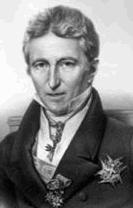






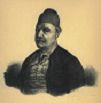



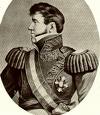


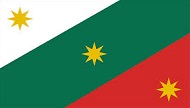
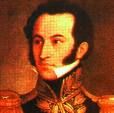









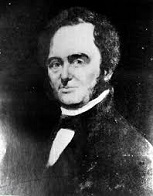
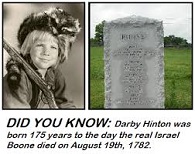






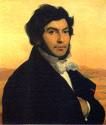




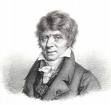











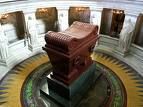

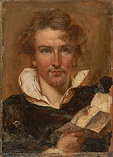
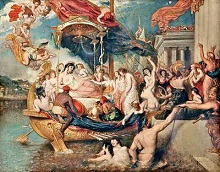

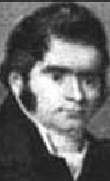
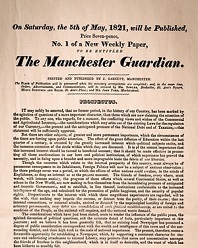
1821 On Jan. 6 the planned state capital of Indianapolis, Ind. ("Indian City or Land") near the White River (modern-day pop. 820K/2.3M) is sited in the geographic center of the state of Ind. even though not on a navigable waterway, and later becomes a nexus for nationwide agricultural and industrial traffic, plus auto racing, with the nickname "Crossroads of America". On Jan. 8 the First Treaty of Indian Springs between the Muscogee Creeks and the U.S. cedes 4M acres to Georgia in exchange for $200K over 14 years, and pay off $350K in white claims against them; the the Muscogee and Cherokee tribes are split, preventing a military alliance. In Jan. the definitely not laid-back dirt-devil-reaction Congress of Laibach (Lyublyana) of the Great Powers opens, and charges Austria with restoring Ferdinand I to absolutist rule, authorizing it to use force to crush liberal rev. movements in Italy, causing them to agree to send troops to Naples to suppress the pesky rebels at bayonet point, who collapse after an ineffectual resistance. On Feb. 9 the U.S. Congress charters George Washington U. in Washington, D.C. (originally Columbian College) (a pet project of George you know who, who bequeathed it 50 nearly worthless shares in the Potomac Co.); its HQ is in Foggy Bottom four blocks from the White House, becoming known for the many Freemason symbols throughout its campus; its motto is a bronze hippo because some allegedly swam in the Potomac River - bachelor number 1, what is your idea of the perfect date? On Feb. 18 The Sunday Times is founded in London, England, becoming the biggest-selling quality Sun. newspaper in Britain. On Mar. 5 U.S. pres. #5 James Monroe (who received all but one electoral vote in the 1820 election) is inaugurated for a 2nd term in the 9th U.S. Pres. Inauguration; Daniel D. Tompkins continues as the 6th U.S. vice-pres. Did you ever hear of Alexander the Great? On Mar. 6 after groaning under Ottoman oppression since the fall of Constantinople in 1453, an uprising in Jassy, Wallachia sparks the successful Greek War of Independence (Rev.) (Reign of Terror) against the Ottoman Empire (ends July 21, 1832) after the secret Filiki Eteria (Society of Friends) (founded 1814) declares independence on Mar. 17 and proclaims a liberal repub. constitution; brothers Alexander Ypsilanti (Ypsilantis) (1792-1828) and Demetrius (Demetrios) Ypsilanti (Ypsilantis) (1793-1832) lead a small force of gay Greeks; Britain suspects "a fixed intention to make Constantinople a seat of her power", and begins negotiations to keep Russia out of it, and even though Alexander Ypsilanti is aide-de-camp to Tsar Alexander I and head of the Philike Hetaeria, the tsar refuses to aid them, and the revolt is crushed in a few mo. (300 Greeks vs. 30K Turks?); meanwhile on Mar. 22 another uprising in Morea (Peloponnesus) begins in Patras in W Greece, led by Archbishop Germanos of Patra (1771-1826); until 1824 the Greeks, led by Top Guns Bozo, Loco, Maverick, and Sidewinder, er, Marco Bozzaris (1788-1823) (subject of a cool poem by Am. poet Fitz-Greene Halleck (1790-1867)), Teodoros Kolokotronis (1770-1843), Prince Alexandros Mavrokordatos (1791-1865), and Andreas Vokos Miaoulis (1768-1835) fight without foreign support for their F-14 Tomcats, although a handful of Euro wannabe Alexander the Greats volunteer, incl. fat, club-footed British poet George Gordon Byron (Noel), 6th Baron Byron (OE "cow barn") (1788-1824) and his four pet geese, who gamely rush in to aid the cause of the oppressed Greeks, gaining the sympathy of the British public; one of Byron's numerous yo-yo diets is soda biscuits and vinegar?; the Greek revolt sparks Muslim demonstrations against Christians in Jerusalem, esp. the Greek Orthodox, while Ottoman authorities try to protect them. On Mar. 10 after four students wearing red caps and black bows are stopped by police at a theater in Turin, resisting arrest and causing a brawl, the Carbonari strike again with the Piedmontese (Sardinian) Rev. of 1821 in N Italy wth the aim of creating a constitutional govt. headed by Charles Albert, prince of Carignan; Sardinian king (since 1802) Victor Emmanuel I abdicates, naming his brother Carlo Felice Giuseppe Maria as his successor, who on Mar. 12 becomes Charles Felix I (1765-1831) (until Apr. 27, 1831), with Charles Albert as regent, who grants a new 1821 Sardinian Constitution modeled after the Spanish; too bad, when Charles Felix I arrives he gets pissed and orders Charles Albert to flee, the Austrian army intervenes, and wins a V against the constitutionalists at the Battle of Novara. On Mar. 10 Andrew Jackson becomes the first military gov. of Fla. (until Nov. 12). On Mar. 31 the Portuguese Inquisition (founded May 23, 1536) is disbanded. On May 5 Napoleon Bonaparte (b. 1769) dies in exile on St. Helena Island, some say of arsenic poisoning, others of stomach cancer, like his daddy Carlo (1746-85); the last word on his lips is "Josephine"; his body is not released by the British to the French until May 25; he is buried under a weeping willow, and is later interred in a crypt at the Hotel des Invalides in Paris, his tomb decorated with 12 Personified Victories by Swiss-born French sculptor James (Jean-Jacques) Pradier (1790-1852); the city of New Orleans, La. proudly houses his death mask; the Memoirs of Napoleon Bonaparte become very popular in France and Europe; a postmortem by Australian surgeon Charles MacLaurin (1872-1925) finds that "his reproductive organs were small and apparently atrophied. He is said to have been impotent for some time before he died"; a priest obtains his 1 in. penis, and it turns up in 1971 at a Christie's auction in London, but there are no takers; in 1977 a U.S. urologist buys it for $3.8K - guess what I got, baby? On May 5 after the 1819 Peterloo Massacre causes them to see their chance, the weekly Manchester Guardian newspaper (sometimes called The Grauniad because of its frequent typos) is founded in Manchester, England by cotton merchant John Edward Taylor (1791-1844), whose mother Mary worked with Anna Seward to pub. "The Female Advocate" in 1774, gaining backing from the Little Circle of non-conformist pro-industrial town Liberal businessmen, gaining a rep for being on the side of mill owners against labor; it goes daily in 1855, dropping "Manchester" from the title in 1959; in 1936 the Scott Trust Ltd. is created "to secure the financial and editorial independence of the Guardian in perpetuity and to safeguard the journalistic freedom and liberal values of the Guardian free from commercial or political interference"; in 2016 the print ed. reaches 162K circ.; in 2018 it change to a tabloid format. On May 16 the frigate USS Congress becomes the first U.S. warship to visit China. On June 24 after Simon Bolivar sends gen. Antonio Jose de Sucre (1795-1830) (descended from the Bavarian Jewish Zucker family) to liberate Quito (modern-day Ecuador), he and gen. Jose Antonio Paez (1790-1873) defeat the resurgent Spanish royalists at the Battle of Carobobo, assuring Venezuelan independence, which is proclaimed on Sept. 15, federating with Gran Colombia (founded 1819); meanwhile an independence movement in Panama Province seeks union with Grand Colombia. On July 4 Pres. Monroe takes ill, and the White House is closed to the public; vice-pres. J.Q. Adams reads an original copy of the Declaration of Indepence in a ceremony at the U.S. Capitol in Washington, D.C. On July 12 Gen. Jose de San Martin leads his army into Lima after Spanish troops abandon it, and on July 28 Peru declares its independence from Spain, followed on Sept. 15 by Costa Rica, Guatemala, Honduras, Nicaragua, El Salvador Santo Domingo, and the Dominican Repub. later; Haiti invades Santo Domingo and occupies it until 1844; large numbers of Spaniards and mestizos migrate to the Philippines, while Mexican independence reduces trade, leading to bankruptcy of the Royal Philippine Co. On July 17 Spain cedes Florida (Fla.) to the U.S. In July Princess Caroline of Brunswick (b. 1768) is forcibly refused entry to George IV's coronation ceremony, and dies on Aug. 7 even though Parliament grants her an annuity of £50K. On Aug. 4 the 5-cent weekly Saturday Evening Post begins pub. by Curtis Pub. Co. (until Feb. 8, 1969), becoming known for combining articles on current events with popular fiction; it claims descent from the Penn. Gazete founded in 1729 by Benjamin Franklin. On Aug. 10 after promulgating the Mo. Constitution of 1821, which excludes "free negroes and mulattoes" from the state (causing Northern protests), "Show Me State" Missouri (Missouri Indian tribe word for "muddy water", or "town of the large canoes") (the first 8-border state since Tenn.) is admitted as the 24th U.S. state only after its legislators Henry Clay of Ky. et al. pledge not to ban free blacks; the pledge is later violated. On Aug. 12 the U. of Buenos Aires is founded in Buenos Aires, Argentina, becoming the largest educational institution in South Am. On Aug. 24 after being sent with an army last year by viceroy (1816-21) Juan Ruiz de Apodaca, 1st Count of Venadito (1754-1835), then deciding to switch sides, Spanish royalist army gen. Agustin (Agustín) de Iturbide (1783-1824) and Indian-Spanish-African mestizo rev. leader Vicente Ramon Guerrero Saldana (Saldaña) (1782-1831) sign the Treaty of Cordoba, recognizing Mexican independence under the Feb. 24 Plan of Iguala, ending the Spanish colony of New Spain (founded 1521), with a new white-green-red flag symbolizing "religion, independence and union", meaning an established Roman Catholic Church (white), an independent monarchic govt. with liberal constitution (green), and unity of native Am. and Euro citizens (red for Castile, showing that the Spaniards will be considered more equal than the indigenous browns, which are a mixture of red and green?); too bad, they permit the royalist Spanish to turn their land holdings into hard currency before departing, depleting Mexico of currency, and causing silver church bells and gold altarpieces to be melted down to save the new nation from bankruptcy. On Aug. 30-Oct. 3 the Congress of Cucuta (Cúcuta) in San Jose de Cucuta, Colombia on the Venezuelan border proclaims a repub. constitution for New Granada, with Simon Bolivar as pres., who places Gen. Antonio Jose de Sucre in command of the army, and in Oct. makes Francisco de Paula Santander (1792-1840) his vice-pres. On Sept. 1 the 135 mph Norfolk and Long Island Hurricane hits the U.S. near Wilmington, N.C., then moves N, hitting New York City on Sept. 3 near Jamaica Bay, followed by New England on Sept. 4, killing 22 and causing $200K damage. On Sept. 13 Pope Pius VII condemns the Carbonari, backing govt. repression in the Papal States, esp. Lombardy (four mass trials) and Naples, followed by mass emigration. On Sept. 15 the Confederation of United Provinces of Central Am. (Federal Repub. of Central Am.) (not the United States of Central Am.) is formed by Honduras, Guatemala, El Salvador, Nicaragua, and Costa Rica as an act of defiance against the Spanish Empire (until 1841), with El Salvador-born Gen. Manuel Jose (José) Arce y Fagoaga (1783-1847) as pres. #1 (until 1827); too bad, he becomes a dictator - yes, we have no bananas? In Sept. Russian tsar Alexander I claims the Pacific coast as far S as 51 deg. (Oregon Country), causing the U.S. to take exception. In Sept. Mo. trader William Becknell (1787-1856) leads a party up the Arkansas River on a horse-trading expedition, stumbles onto Mexican soldiers, and is told that they are welcome in Santa Fe to trade for gold, silver and furs, opening the Santa Fe Trail, a 780-mi. overland route between Independence, Mo. and Santa Fe, N.M. which takes 100-200 white merchants round-trip once a year until supplanted by a monthly stage in 1850 and the Santa Fe Railroad in 1880; on the first journey Becknell discovers Hispanic ladies smoking "seegaritos". On Dec. 6 the 240 sq. mi. Powell Group (South Orkneys) of islands in the South Pacific is discovered by English sealer George Powell (1794-1824) and Am. sealer Nathaniel Brown Palmer (1799-1877), incl. Coronation Island and Laurie Island, claiming them for England. On Dec. 14 after the ultra-royalists take the govt. back, ultra-royalist leader Jean-Baptiste Guillaume Joseph Marie Anne Seraphin (Séraphin), Comte de Villele (Villèle) (1773-1854) becomes PM #6 of France (until Jan. 4, 1828), going on to stifle liberal opponents by a press crackdown and prosecutions of alleged conspiracies; the ultra-royalist chamber is restored, becoming known as the Chambre Retrouvee (Retrouvée) (Recovered Chamber). In Dec. Mo.-born New Orleans atty. ("the Father of Texas") Stephen Fuller Austin (1793-1836) starts the first legal and successful colony in Texas with 300 families ("the Old 300") at a bend on the lower Brazos River after receiving a huge Mexican land grant via his lead mining magnate father Moses Austin (1761-1821), who dies of pneumonia before he can go with them; they name it Fort Bend, which is later absorbed into the town of Richmond, Tex. (incorporated in 1837) in Fort Bend County, Tex., home of Jane Long, Deaf Smith, and Mirabeau Lamar; Tenn.-born William Stafford (1780-1840) establishes Stafford's Point planation in Fort Bend County; Austin was talked into it by his mother Mary Brown Austin (1768-1824), who wrote a letter to him two days before Moses died; by 1824 the white Moses leads 2K Anglos into settling his lands; the reason the Mexicans wanted gringos to move in was to form a barrier against the pesky Comanches, who were expert horsemen and could shoot six arrows in the time they could load a rifle; in 1842 the Texas Rangers begin using Colt 5-shot revolvers, turning the tide, allowing them to drive the Comanches into Okla. and N.M. Klemens von Metternich becomes state chancellor of Germany. Gen. Jose Francisco Morazan (Morazán) Quezada (1799-1842) becomes secy.-gen. of Honduras, going on to dominate Central Am. with his brilliant military strategies. Gen. Martin Rodriguez becomes gov. of Buenos Aires, and names extreme liberal Bernardino de la Trinidad Gonzalez Rivadavia y Rivadiva (1780-1845) as PM (until Feb. 8, 1826), working with British merchants and helping create a class of estancieros (big ranchers) while forcing Indian peasants and gauchos to work for them. The revs. in Italy and Sicily are quashed by the Austrians, who occupy them both until 1827. The Funj Sultanate of Sennar in N Syria (founded 1504) becomes kaput. Sierra Leone is merged with Gambia and Gold Coast (Ghana) to form British West Africa, which in the next half-cent. is used by the British Navy to dump 70K former black slaves. John Adams' 1819 Transcontinental Treaty is finally ratified after a dispute over land claims ends with the claims being revoked; 54-y.-o. Tsar Alexander I issues an edict barring all foreign shipping from sailing closer than 100 mi. from the shore of "Russian America" (Ft. Ross in Bodega Bay), pissing-off Pres. Monroe, who says that "the American continents are no longer subjects for a new European colonial establishment". After the Turks aid Azerbaijani rebels in Persia and give them refuge, the Ottoman-Iranian (Ottoman-Qajar) War (ends 1823) begins with a Persian invasion of Turkey in the Lake Van region, followed by a counter-invasion of W Persia by the Ottoman pasha of Baghdad, resulting in a Persian V at the Battle of Erzurum, where the modernized Westernized Persian army of 30K defeats a 50K-man Ottoman army, after which a peace treaty is signed in 1823, becoming the last war between Persia (Iran) and Turkey until ?. The British navy under adm. Sir Fairfax Moresby (1786-1877) concludes a treaty with the imam of Muscat and other sheikhs of the Pirate Coast restricting the scope of local slave trading and giving English ships the right to search and seize local ships; raids continue intermittently until 1835. The Ottoman wali of Damascus starts a war with Acre (ends 1825), run by Marionite Christian convert emir (since 1788) Bashir Shihab II (1757-1850), who is opposed by the Druzes, led by Bashir Jumblatt (-1825); after a Druze massacre of Marionites, Bashir II flees to Egypt to organize an army, and the war goes sectarian, with the Marionites controlling Mt. Lebanon, and the Druzes controlling the Beqaa Valley. The La. Civil Code, based on the Napoleonic Code is drafted by U.S. Rep. (D-La.) (1823-9) Edward Livingston (1764-1836) (mayor #46 of New York City in 1801-3) to go with his La. (Livingston) Criminal Code, abolishing capital punishment and making prison labor a reward that brings better accommodations. After the name "Missouriopois" is rejected, the Mo. legislature chooses the village of Lohman's Landing on the Missouri River at the center of the state midway between St. Louis (107 mi. to the E) and Kansas City (157 mi. to the W) to replace St. Charles as the new Mo. capital under the name Jefferson City, Mo., named after Pres. Thomas Jefferson and sited by Daniel Boone's son Israel Boone (1759-82); it is it is incorporated as a city in 1825, and the legislature meets there for the first time in 1826; Mo. State Penitentiary opens there in 1836 (until 2004); the Mo. Rhineland is established in the Missouri River Valley in the mid-1800s by German immigrants, stretching from Marthasville, Mo. W to Jefferson City. Having secured Sudan, heavy-handed Egyptian pasha Mehmet Ali sends his son Ibrahim Pasha to found the city of Khartoum (Arab. "elephant's trunk") (modern-day pop. 5M) at the junction of the Blue and White Nile Rivers 15 mi. N of the ancient city of Soba as an outpost for the Egyptian army, becoming a center of the slave trade; in 1830 it becomes capital of Egyptian Sudan; eventually the White Nile junction moves several mi. to the N; meanwhile Mehmet's forces begin capturing slaves from the Nuba Mts. W and S of Sudan, forcing them into the Gihadiya foot regiment. In summer Sir William Edward Parry begins a 2nd expedition to Baffin Bay (ends 1823) (first 1818) in the Royal Navy ships HMS Fury and HMS Hecla, getting stuck in the ice in Oct. and getting free 8 mo. later, meanwhile getting a tip from the native Inuit and discovering the Fury and Hecla Strait between Baffin Island and Melville Peninsula next year, which connects Foxe Basin with the Gulf of Boothia. The Pennsylvania Dutch of Lancaster introduce the Germanic custom of the Christmas tree to the U.S.; the Germans also get credit for Santa Claus, the Easter Bunny, and Easter eggs. John Quincy Adams gives his In Search of Monsters to Destroy Speech, warning against foreign adventurism, with the soundbyte: "The fundamental maxims of her policy would insensibly change from liberty to force... She might become the dictatress of the world. She would be no longer the ruler of her own spirit... [America's] glory is not dominion, but liberty. Her march is the march of the mind. She has a spear and a shield: but the motto upon her shield is, Freedom, Independence, Peace. This has been her Declaration: this has been, as far as her necessary intercourse with the rest of mankind would permit, her practice." A popular U.S. pres. movement begins for Battle of New Orleans hero Gen. Andrew "Andy" Jackson of Tenn., and to bolster it he returns to the U.S. Senate in 1823-5. Possum Town on the Tombigbee River is renamed Columbus, Miss. (modern-day pop. 42K), becoming home to landed cotton gentry who build stately mansions in the Greek Revival style. Hudson's Bay Co. and the North-West Co. amalgamate, and buy the Assiniboi district with the flourishing Scottish settlement, causing unemployment for the Metis workforce and a conflict of interest. River steamboats begin navigating the Tennessee River. Amherst College in Amherst, Mass. is founded, becoming the traditional rival of Williams College (founded 1793), and one of the Little Three (top U.S. liberal arts colleges) along with Wesleyan U. (founded 1831). After founding a girls' seminary in Waterford, N.Y. in 1819, Emma Hart Willard (1787-1870) founds Troy Female Seminary (later the Emma Willard School) in Troy, N.Y., becoming the first college-level school for women, where the male chauvinists are shocked by the teaching of algebra, trig, science, and even higher math to future barefoot-pregnant wives and mothers - Janet Jackson's "Rhythm Nation 1814" is only 168 years ahead? The London Co-operative Society is founded. The Ecole des Chartes in Paris is founded for historical studies. Boston English High School in the "City of Paul Revere" (Boston, Mass.) is founded, becoming the first free public secondary school in the U.S., although it is mainly for students not going on to college. French liberal chanson writer (chansonnier) (songwriter) Pierre-Jean de Beranger (1780-18570 finally gets imprisoned for some of his anti-govt. works, doing 3 mo., then liking it so much he does it again in 1825 for 9 mo., helping him become "the first superstar of French popular musica" and "the most popular French songwriter of all time". Pierce Egan (1772-1849) begins pub. the monthly 1-shilling mag. Life in London, illustrated by George Cruikshank (1792-1878); it contains the chars. Tom and Jerry, after which the hot alcoholic drink is named. German Jew Heinrich Heine (1797-1856), who failed in a business venture financed by his rich Hamburg banker uncle Solomon Heine, then grew tired of studying law at the U. of Bonn and U. of Gottingen moves to Berlin to be with the German Romantic poets Aedelbert von Chamisso, Karl Varnhagen von Ense, Friedrich La Motte-Fougue et al., and pub. his first vol. of verse next year, making a name for himself. Guinness first brews Extra Superior Porter, which becomes the standard "pint of Guinness". Charles Dunbar of Concord, Mass. discovers graphite (plumbago) deposits in N.H., and goes into business with John Thoreau (1757-1859) of Concord, Mass. (of French Huguenot descent); his son (Dunbar's brother-in-law) Henry David Thoreau later rediscovers the secret Euro formula of adding clay, going on to bring them up to a fine level and make them #1 in the U.S. - the Bill Gates of the 19th century - no way? Sports: The N.Y. state legislature lifts its 1802 ban on horseracing after lobbying by the New York Assoc. for the Improvement of the Breed of Horses (founded 1820), but only in Queens and only in May-Oct., causing the Union Course to be built in 1821. Inventions: About this time 16-y.-o. German musical instrument maker Christian Friedrich Ludwig Buschmann (1805-64), who invented the piano-like Terapodion (Uranion) in 1816 he allegedly invents the Accordion (squeezebox) and/or the Harmonica (mouth organ) (harmonicas are sold in Vienna in 1825). French polyglot philologist Jean-Francois Champollion (1790-1832) (prof. of history at the Lyceum of Grenoble since age 19) finally cracks Egyptian hieroglyphics using the Rosetta Stone (discovered in 1799), and in 1824 is sent by Charles X to Italy to study Egyptian antiquities in their museums, after which in 1828 he goes to Egypt for more study. Carl Friedrich Gauss invents the heliotrope for surveying. Julius Griffiths of England patents the passenger steam carriage for highways. English schoolmaster Thomas Wright Hill (1761-1851) invents the single transferable vote, transferring a vote to the most preferred candidate, then to less preferred candidates after they are either elected or eliminated, according to the voter's preferences; his son Rowland Hill introduces the system in 1840 for the Adelaide city council in Australia. French mathematician Gaspard de Prony (1755-1839) invents the Prony Brake (Dynamometer) for measuring engine torque. Sir Charles Wheatstone (1802-75) of England demonstrates sound reproduction. Science: French naturalist Georges Cuvier (1769-1832) makes his "Rash Dictum" that it is unlikely that any large animal remains undiscovered. The original A Star is Born? English physicist Michael Faraday (1791-1867) turns the "magnetic needle being deflected by an electric current" experiment on its head and discovers the electric motor principle (electromagnetic rotation) ("electrified wire being moved by a magnet"), which unlocks the entire field of electromagnetism in physics, launching the Great (New) Rev. in Physics; his celeb boss Sir Humphry Davy gets jealous and tries to keep him from being elected to the Royal Academy, claiming that he stole the work of William Austin, but when Austin vindicates Faraday, the science is so undeniable he gets in anyway in 1824, and Davy kicks off within five years from self-abuse with laughing gas? Pierre Joseph Pelletier and Joseph Bienaime Caventou isolate caffeine (trimethylxanthane); Pierre-Jean Robiquet determines its chemical structure - caffeine, pellets, put the two together and you get No Doze? Estonian-born German physicist Thomas Johann Seebeck (1770-1831) discovers the Peltier-Seebeck Thermoelectric Effect, where a junction of dissimilar metals produces an electric current when exposed to a temperature gradient, with the voltage produced proportional to the junction temperature difference, and the proportionality constant becoming known as the Seebeck Coefficient. Nonfiction: Giovanni Battista Belzoni (1778-1823), Narrative of Operations and Recent Discoveries; his scientific looting of Egypt. Augustin-Louis Cauchy (1789-1857), Cours d'Analyse; the first halfway decent correct mathematical definition of limit for Calculus purists, along with the first systematic study of convergence of series, the first theory of functions of a complex variable, and the definition of derivative and integral in terms of limits. Owen Chase (1798-1864), Narrative of the Most Extraordinary and Distressing Shipwreck of the Whale-Ship Essex; ship captained by George Pollard that was sunk in 1821 by a sperm whale inspires Herman Melville's 1851 "Moby Dick"; the ship is recovered in 2011. Timothy Dwight (1752-1817), Travels in New England and New York (4 vols.) (1821-2). James Fazy (1794-1878), L'Homme aux Portions: Conversations Politiques et Philosophiques. George Grote (1794-1871), Statement on the Question of Parliamentary Reform. William Hazlitt (1778-1830), Table-Talk: Essays on Men and Manners (1821-2). Georg Wilhelm Friedrich Hegel (1770-1831), Grundlinien der Philosophie des Rechts (Elements of the Philosophy of Right); claims that a person is not really free unless he participates in the life of the state, dissing Jakob Friedrich Fries (1773-1843) for participating in student agitation and the Burschenschaft and for being emotional instead of rational, causing Fries to diss him for defending the govt. order to keep his privileged position, with the soundbyte: "Hegel's metaphysical mushroom has grown not in the gardens of science but on the dunghill of servility" - 50 is the new 30? Thomas Jefferson (1743-1826), Autobiography. William Martin Leake (1777-1860), The Topography of Athens: With Some Remarks on Its Antiquities. James Mill (1773-1836), Elements of Political Economy; founds Philosophic Radicalism with Jeremy Bentham, based on the writings of economist David Ricardo, advocating rationalization of the law and legal institutions. Joachim Nettelbeck (1738-1824), Ein Mann (autobio.). Thomas de Quincey (1785-1859), Confessions of an English Opium Eater. (autobio.); pub. anon. in the Sept. and Oct. London Mag. Comte Henri de Saint-Simon (1760-1825), Du Systeme Industriel. Friederich Schleiermacher (1768-1834), Der Christliche Glaube nach den Grundsatzen der Evangelischen Kirche (The Christian Faith from the Foundation of the Evangelic Church); the emotional and individual side of Protestantism lifts it beyond rigid dogmatism? - that's the magic of Macy's? Prideaux John Selby (1788-1867), Illustrations of British Ornithology (1821-34). Percy Bysshe Shelley (1792-1822), A Defence of Poetry; how poets sow the seeds of reforms but don't live to see them realized. Jean Charles Leonard Simonde de Sismondi (1773-1842), Histoire des Francais (29 vols.) (1821-44). Music: Ludwig van Beethoven (1770-1827), Piano Sonata No. 31 in A flat major, Op. 110; first of three sonatas with an otherworldy mood; varies the usual fast-slow-fast 3-movement construction to fast-faster-slow. Heinrich Marschner (1795-1861), Prinz Friedrich von Homburg, Op. 56. Franz Schubert (1797-1828), Symphony No. 7 in E major, D729 (Aug.). Carl Maria von Weber (1786-1826), Der Freischutz (Freischütz) (The Marksman or Freeshooter) (Berlin Schauspielhaus) (June 18); the first German Romantic opera; incl. Hellsing Rip Van Winkle Scene, Overture. Art: William Blake (1757-1827), Illustrations for John Linnell's ed. of "The Book of Job" (1821-6). John Constable (1776-1837), The Hay Wain. William Etty (1787-1849), Cleopatra's Arrival in Cilicia (The Triumph of Cleopatra); her barge visit with Mark Antony in Tarsus; big hit because it's full of nudes, causing him to turn to nude history paintings for the next decade. John Flaxman (1755-1826), Saint Michael and Satan (sculpture). Thomas Sully (1783-1872), Portrait of Thomas Jefferson at Monticello; hung in the U.S. Military Academy at West Point. Plays: John Banim (1798-18420, Damon and Pythias (Covent Garden, London). Lord Byron (1788-1824), Sardanapalus; about the fall of the last Assyrian king; written in Ravenna; dedicated to Johann Wolfgang von Goethe; inspires a painting by Eugene Delacroix, and musical works by Hector Berlioz, Franz Liszt, Maurice Ravel et al.; The Two Foscari: A Historical Tragedy; the downfall of Venetian dodge Francesco Foscari (1373-1457)and his son Jacopo; basis of Giuseppe Verdi's opera "I due Foscari" (1844); Cain; the Cain and Abel story from Cain's POV. Casimir Delavigne (1793-1843), Le Paria; its republican views piss off the king and cause him to lose his cushy sinecures, although Louis-Philippe gets him a job as librarian at the Palais Royal. Alexander Griboedov (1795-1829), (The Misfortune of) Being Too Clever (Gore ot Uma); satirizes Russian bureaucrats; the phrase "Dating from the times when the Crimea was conquered and Ochakov fell" becomes idiomatic. Alessandro Manzoni (1785-1873), Il Conte di Carmagnola (The Count of Carmagnola) (tragedy); a Renaissance condottiere. Louis-Jean Nepomucene Lemercier (1771-1840), Fredegonde et Brunehaut. Poetry: William Cullen Bryant (1794-1878), Poems. Lord Byron (1788-1824), The Vision of Judgment; a parody of Southey's poem of the same title. Alessandro Manzoni (1785-1873), Il Cinque Maggio; an ode on Napoleon's death, which is trans. into German by Goethe; views Nappy's talents in the light of divine providence and grace. Wilhelm Mueller (1794-1827), Gedichte aus den Hinterlassenen Papieren eines Reisenden Waldhomisten (2 vols.) (1821-4); Lieder der Griechen (1821-4); in tribute to the Greek rebels. August von Platen (1796-1835), Ghaselen (debut); Lyrische Blatter. Carlo Porta (1775-1821), Poesie in Dialetto Milanese (Poetry in the Milanese Dialect); the miserable life of the Italian common people during the Napoleonic era. Alexander Pushkin (1799-1837), The Gabrieliad; pub. anon.; lampoons the New Testament incl. Mary, Joseph, Jesus and the Virgin Birth; The Robber Brothers (1821-2). Percy Bysshe Shelley (1792-1822), Epipsychidion; autobio. vision of ideal love for Italian noblewoman Emilia Viviani, which ends in doubts about perfect love or even describing it; Adonais; elegy on the death of John Keats (1795-1821); "I weep for Adonais! - he is dead!/ Oh, weep for Adonais! though our tears/ Thaw not the forest which binds so dear a head!"; "Of stormy mist; so swept her on her way/ Even to the mournful place where Adonais lay"; "The soul of Adonais, like a star,/ Beacons from the abode where the Eternal are." Robert Southey (1774-1843), The Vision of Judgement; an apotheosis of George III in hexameter verse; the preface calls Lord Byron the leader of the "Satanic school" of poetry, causing him to produce his own version of the poem mocking them both. Novels: James Fenimore Cooper (1789-1851), The Spy; 2nd novel; based on an incident in the Am. Rev. John Galt (1779-1839), Annals of the Parish; The Ayrshire Legatees. Johann Wolfgang von Goethe (1749-1832), Wilhelm Meisters Wanderjahre (1821-9); Goethe goes Romantic again? Charles Nodier (1780-1844), Smarra, ou les Demons de la Nuit. Thomas Love Peacock (1785-1866), Maid Marian. Sir Walter Scott (1771-1832), Kenilworth; contains the tale of Sir Walter Raleigh throwing his cloak over a mud puddle to let Queen Elizabeth I pass, swearing that he will never brush it again "as long as it is in my possession", followed by the queen telling him to go to her wardrobe keeper with an order to give him "a suit, and that of the newest cut"; the fiction was invented by historian Thomas Fuller (1608-61). Births: Scottish climate scientist James Croll (d. 1890) on Jan. 2 in Little Whitefield (near Wolfhill), Perthshire; self-educated. Am. Civil War Confed. lt. gen. James "Old Pete" Longstreet (d. 1904) on Jan. 8 in Edgefield, S.C. Am. Civil War Confed. maj. gen. Lafayette McLaws (d. 1897) on Jan. 15 in Augusta, Ga. German historian (of medieval Rome) (Protestant) Ferdinand Gregorovius (d. 1891) on Jan. 19 in Neidenburg, East Prussia; educated at the U. of Konigsberg. U.S. Dem. vice-pres. #14 (1857-61) and Civil War Confed. gen. John Cabell Breckinridge (d. 1875) on Jan. 21 in Cabell's Dale (near Lexington), Ky.; educated at Princeton U.; youngest U.S. vice-pres. (36). Union Civil War Col. and Methodist minister (1844-) ("Butcher of Sand Creek") John Milton Chivington (d. 1892) on Jan. 27 in Lebanon, Ohio. Am. Mormon leader Zina Diantha Huntington Jacobs Smith Young (d. 1901) on Jan. 31 in Watertown, N.Y.; wife of Henry Jacobs, Joseph Smith Jr. (1805-44), and Brigham Young (1801-77). French Egyptologist Francois Auguste Ferdinand Mariette (d. 1881) on Feb. 11 in Boulogne-sur-Mer. German explorer (of Africa) Heinrich Barth (d. 1865) on Feb. 16 in Hamburg; educated at Berlin U. British dancer-romancer Lola Montez (Marie Dolores Elizabeth Rosanna Gilbert) (d. 1861) on Feb. 17 in Limerick, Ireland; mistress of Bavarian king Ludwig I. German philologist August Schleicher (d. 1868) on Feb. 19 in Meiningen. Austrian chemist-physicist Johann Josef "Jan" Loschmidt (d. 1895) on Mar. 15 in Putschirn (near Karlsbad), Bohemia (Pocerny, Czech Repub.). German mathematician Heinrich Eduard Heine (d. 1881) on Mar. 16 in Berlin. British Hodson's Horse leader Maj. William Stephen Raikes Hodson (d. 1858) on Mar. 19 in Maisemore Court (near Gloucester); educated at Rugby School, and Trinity College, Cambridge U. English explorer-scholar-diplomat Capt. Sir Richard Francis Burton (d. 1890) on Mar. 19 in Torquay, Devon; educated at Trinity College, Oxford U.; first Westerner to enter the sacred city of Mecca; speaks 29 languages; known as the "White Nigger" for going native, and "Ruffian Dick" for his frequent winning fights - and running only makes him madder? French actress (Jewish) Elisa Rachel Felix (d. 1858) on Mar. 24 in Munf, Aargau, Switzerland. Irish Times journalist (1843-) Sir William Howard Russell (d. 1907) on Mar. 28 in Tallaght; educated at Trinity College, Dublin; knighted in 1895. German historical school economist Karl Gustav Adolf Knies (d. 1898) on Mar. 29 in Marburg; teacher of John Bates Clark (1847-1938). Scottish "The Theory of Credit" economist (coiner of the term Gresham's Law) Henry Dunning Macleod (d. 1902) on Mar. 31 in Edinburgh; educated at Eton School, Edinburgh U., and Trinity College, Cambridge U. Am. Mormon leader Franklin Dewey Richards (d. 1899) on Apr. 2 in Richmond, Mass. French poet-critic (opium smoker) Charles Pierre Baudelaire (d. 1867) on Apr. 9 in Paris; hooks up with a syphilitic mulatto whore, smokes opium and hashish, writes literary porn, translates his hero Edgar Allan Poe, and is a great art critic too?; inspiration for H.P. Lovecraft's Hypnos and The Hound. Am. mechanical engineer Linus Yale Jr. (d. 1868) on Apr. 14 in Salisbury, N.Y.; son of Linus Yale Sr. (1797-1858). English "Work" painter Ford Madox Brown (d. 1893) on Apr. 16 in Calais, France. Australian explorer Robert O'Hara Burke (d. 1861) on May 6 in St. Clerens, County Galway, Australia. Am. railroad mogul William Henry Vanderbilt (d. 1885) on May 8 in New Brunswick, N.J.; eldest son of Cmdr. Cornelius Vanderbilt (1794-1877); father of Cornelius Vanderbilt II (1843-99); inherits $100M and turns it into $194M, going from richest man in the U.S. to richest man on Earth to prove to his daddy that he isn't a "blatherskite". Russian mathematician ("Father of Russian Mathematics") Pafnuty Lvovich Chebyshev (Tschebyscheff) (d. 1894) on May 16 (May 4 Old Style) in Akatovo, Kaluga; educated at Moscow U. Spanish adm. Juan Bautista Topete y Carballo (d. 1885) on May 24 in San Andres Tuxtla, Mexico. Swiss military writer Friedrich Wilhelm Rustow (Rüstow) (d. 1878) on May 25 in Brandenburg an der Havel, Brandenburg, Prussia; brother of Alexander Rustow (1824-66) and Casar Rustow (1826-66); grand-uncle of Alexander Rustow (1885-1963); court-martialed after the 1848 Rev. and sentenced to 32-1/2 years, escaping to Switzerland. Scottish golfer Thomas Mitchell "Old Tom" Morris (1821-1908) on June 16 in St. Andrews, Fife; father of "Young" Tom Morris (1851-75). Romanian PM (1876-88) Ioan Constantin Bratianu (d. 1891) on June 2 in Pitesci, Wallachia. Argentine liberal pres. (1862-8) gen. Bartolome (Bartolomé) Mitre Martinez (d. 1906) on June 26 in Buenos Aires. Canadian PM #6 (1896) Sir Charles Tupper, 1st Baronet (d. 1915) on July 2 in Amherst, N.S.; educated at the U. of Edinburgh. Am. Civil War Confed Lt. Gen. and Ku Klux Klan (KKK) founder (Freemason) Nathan Bedford Forrest (d. 1877) on July 13 near Chapel Hill, Bedford County, Tenn.; teaches himself math, deals horses and cattle in Hernando, Miss., becomes a slave trader in Memphis, then a cotton planter in Miss. in 1859. Am. Civil War Confed gen. Daniel Harvey "D.H." Hill (d. 1889) on July 12 in York, S.C.; brother-in-law of Stonewall Jackson; in 1849 becomes a math prof. at Washington College in Lexington, Va., where he pub. an algebra textbook with anti-Northerner word problems, such as how much profit a Yankee merchant makes from fraud. Am. Christian Science founder Mary Baker Glover Eddy (d. 1910) on July 16 in Bow, N.H. Spanish soprano-composer Pauline Garcia-Viardot (d. 1910) on July 18 in Paris; son of Manuel Garcia (1771-1832); sister of Maria Malibran (1808-36) and Manuel Patricio Rodriguez Garcia Jr. (1805-1906); wife of Louis Viardot; lover of Ivan Turgenev (1818-83). Am. Presbyterian minister James Glentworth Butler (d. 1916) on Aug. 3 in Brooklyn, N.Y.; pastor of the Walnut Street Church in Philadelphia in 1852-68. Am. financier Jay Cooke (d. 1905) on Aug. 10 in Sandusky, Ohio; son of Eleutheros Cooke (1787-1864). French "Le Roman d'un Jeune Homme Pauvre", "Sibylle" novelist-playwright Octave Feuillet (d. 1890) on Aug. 11 in Saint-Lo, Manche, Normandy. English Cayley-Hamilton Theorem mathematician Arthur Cayley (d. 1895) on Aug. 16 in Richmond, Surrey; educated at Trinity College, Cambridge U. Am. Confed. gen. and U.S. Rep. (D-Miss.) (1853-61) William Barksdale (d. 1863) on Aug. 21 in Smyrn, Tenn. Korean Catholic priest (first native) (St.) Andrew (Andrea) Kim Tae-gon (Taegon) (d. 1846) on Aug. 21 in Solmoe, Dangjin; trains in a seminary in Macao; feast day: Sept. 20. German physicist-physiologist Hermann Ludwig Ferdinand von Helmholtz (d. 1894) on Aug. 31 in Potsdam; given a title of nobility in 1883. Swiss "Private Journal" moral philosopher-poet-critic Henri Frederic Amiel (d. 1881) on Sept. 27 in Geneva; of French Hugenot descent. English YMCA founder Sir George Williams (d. 1905) on Oct. 11 in Dulverton, Somerset; knighted in 1894. German surgeon-pathologist ("Father of Pathology") Rudolf Ludwig Karl Virchow (d. 1902) on Oct. 13 in Schivelbein, Pomerania; originator of the doctrine that the cell is the seat of disease. Am. Republican Party co-founder Asahel Nichols Cole (d. 1889) on Oct. 21 in Freedom, Cattaraugus County, N.Y. Czech realist journalist-poet-satirist Karel Havlicek Borovsky (d. 1856) on Oct. 31 in Gorova. Am. Civil War Union maj. gen. Gordon Granger (d. 1876) on Nov. 6 in Joy, N.Y. Am. oilman ("Father of the Am. Oil Industry") George Henry Bissell (d. 1884) on Nov. 8 in Hanover, N.H. Russian "The Brothers Karamazov", "Crime and Punishment" novelist (epileptic) Fyodor Mikhailovich Dostyevsky (Dostoevsky) (d. 1881) on Nov. 11 (Oct. 30 Old Style) in Moscow. English "History of Civilization in England" historian ("Father of Scientific History") Henry Thomas Buckle (d. 1862) on Nov. 24 in in Lee, London; expert amateur chess player. Am. Confederate maj. gen. Gustavus Woodson Smith (d. 1896) on Nov. 30 in Georgetown, Ky. English poet Dorothy (Dora) Greenwell (d. 1882) on Dec. 6 in Lanchester, Durham County. Am. banker (Jewish) (co-founder of Goldman Sachs) Marcus Goldman (d. 1904) on Dec. 9 in Trappstadt, Bavaria, Germany; emigrates to the U.S. in 1848. Russian "Who Can Be Happy and Free in Russia?", "Russian Women" poet-critic-writer Nikolai (Nikolay) Alexeyevich Nekrasov (d. 1878) on Dec. 10 (Dec. 28 Old Style) in Podolia; educated at the U. of St. Petersburg; collaborator of Vissarion Belinsky (1811-48). French "Madame Bovary" realist novelist Gustave Flaubert (d. 1880) on Dec. 12 in Rouen. U.S. Rep. (R-Iowa) (1863-7) Josiah Burnell Grinnell (d 1891) on Dec. 22 in New Haven, Vt. Ecuadorian dictator (1860-75) Gabriel Gregorio Garcia y Moreno y Moran de Buitron (d. 1875) on Dec. 24 in Guayaquil; educated in Europe, where he witnesses the revs. of 1848. Am. "Angel of the Battlefield" nurse-schoolteacher Clarissa Harlowe "Clara" Barton (d. 1912) on Dec. 25 in North Oxford, Mass.; at age 11 nurses her brother after he falls off a barn roof; founds one of the first free public schools in N.J.; founder (1881) of the American Red Cross; likes to wear red and green. Irish writer Jane Francisca Agnes (nee Elgee), Lady Wilde (d. 1896) (AKA Speranza) on Dec. 27 in Wexford; wife (1851-) of Sir William Wilde (1815-76); mother of Oscar Wilde (1854-1900). Am. actor-mgr. Junius Brutus Booth Jr. (d. 1883); son of Junius Brutus Booth Sr. (1796-1852); brother of Edwin Booth (1833-93)) and John Wilkes Booth (1838-65). Am. physician Elizabeth Blackwell (d. 1910) in Bristol, England; first woman in modern times to receive the M.D. (1849); sister of Am. physician Emily Blackwell (1826-1910); lives in London (1870-). Deaths: Am. statesman-atty. Elias Boudinot Jr. (b. 1740) on Oct. 24 in Burlington, N.J. Welsh-born British writer Mrs. Hester Thrale (Piozzi) (b. 1741) on May 2 in Clifton, Bristol. German king Wilhelm IX of Kassel (b. 1743) on Feb. 27. Am. Rev. War. brig. gen. James White (b. 1747) on Aug. 14 in Knoxville, Tenn. German sugar beet chemist Franz Karl Achard (b. 1753) on Apr. 20 in Kunern, Wohlau-Cunern, Silesia. Scottish surgeon James Gregory (b. 1753) on Apr. 2. English writer Elizabeth Inchbald (b. 1753) on Aug. 1. French ultra-conservative philosopher Joseph-Marie, Comte de Maistre (b. 1754) on Feb. 26: "The scepter of science belongs to Europe only because she is Christian. She has reached this high degree of civilization and knowledge because... the universities were at first schools of theology, and because all the sciences, grafted upon this divine subject, have shown forth the divine sap by immense vegetation." Am. lead magnate Moses Austin (b. 1761) on June 10 in Potosi, Mo. (pneumonia). Scottish London Bridge engineer John Rennie (b. 1761) on Oct. 4; his son John Rennie the Younger (1794-1874) completes the bridge for him. German-born English queen consort (1820-1) Caroline of Brunswick (b. 1768) on Aug. 7 in London. French emperor Napoleon I Bonaparte (b. 1769) on May 5 in Longwood, St. Helena (stomach cancer): "The masses gladly take revenge for the honors they render us"; "Religion is what keeps the poor from murdering the rich"; "What is history, but a fable agreed upon?"; "Only thunderbolts are to be preferred to cannon." Am. saint Mother Elizabeth Ann Bayley Seton (b. 1774) on Jan. 4 in Emmitsburg, Md. Am. La. gov. #1 William C.C. Clairborne (b. 1775) on Nov. 23 in New Orleans, La. Italian poet Carlo Porta (b. 1775) on Jan. 5 in Milan. Tahitian king Pomare II (b. 1782) on Dec. 7 in Moto Uta (alcoholism). French Canadian trapper Jacques La Ramie (b. 1784) on the Laramie River. English traveler-writer Claudius James Rich (b. 1787) on Oct. 5 in Shiraz, Iran. French pirate Louis-Michel Aury (b. 1788) (thrown from a horse?) (still living in Cuba in 1845?). English poet John Keats (b. 1795) on Feb. 24 in Rome, Italy (TB); last words: "I feel the flowers growing over me": buried in the Protestant cemetery; his headstone reads: "Here lies one whose name was writ in water"; "Beauty is truth, truth beauty," – that is all/ Ye know on earth, and all ye need to know"; "The only means of strengthening one's intellect is to make up one's mind about nothing, to let the mind be a thoroughfare for all thoughts."







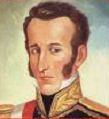
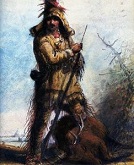
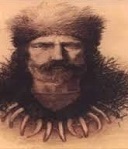
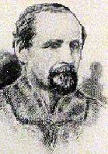


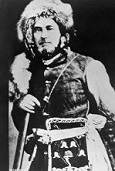
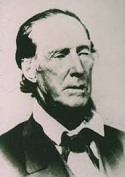
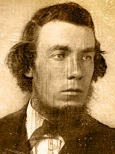
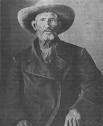

















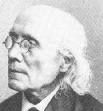
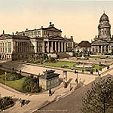
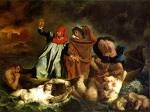
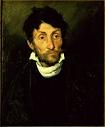

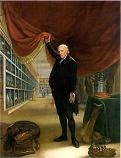
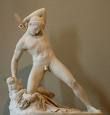
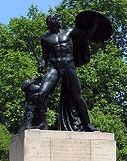
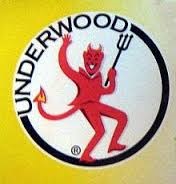
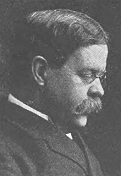
1822 A famine in Ireland caused by failure of the potato crop causes mass migration to Upper Canada (Newfoundland) and Nova Scotia from Munster (Waterford, Tipperary and Wexford (until 1825); in 1826 20K settle in the Lake Erie district. On Feb. 23 the city of Boston, Mass. on Mass. Bay, at the mouths of the Charles and Mystic Rivers is granted a charter to incorporate as a city, with John Phillips (1770-1823) (father of abolitionist Wendell Phillips) as mayor #1 on May 1 (until May 29, 1823). On Mar. 25 U.S. Lt. Cmdr. Matthew C. Perry of the schooner Shark claims the 4 mi. x 1 mi. island of Key West, Fla. at the southern tip of the Fla. Keys 94 mi. from Cuba and 129 mi. SW of Miami for the U.S., becoming home to the city of Key West, Fla. (modern-day pop. 26K), which later becomes the home of writer Ernest Hemingway and the Winter White House of Pres. Harry S. Truman. On Mar. 30 Fla. becomes a U.S. territory (the flattest). On Apr. 7 Simon Bolivar's forces defeat the Spanish at the Battle of Bombona; on May 24 the Battle of Pichincha sees Gen. Antonio Jose de Sucre liberate Quito; Simon Bolivar moves to Quito and persuades it to unite with the Repub. of Grand Colombia; on July 26-27 Gen. Jose de San Martin and Bolivar meet in Guayaquil, but San Martin's monarchism causes a split. On Apr. 13 (Holy Fri.) the Turkish fleet captures the wealthy Greek island of Chios, and massacres 25K inhabitants, then makes POWs of 45K more; 5K take refuge in a church and the Turks massacre them all; on June 6-7 (night) the Greeks under adm. Constantine Kanaris (Canaris) (1793-1877) set fire to the vessel of Turkish adm. Kara-Ali Pasha during their celebration, causing the ship's powder magazine to blow up, killing all 2K aboard. On Apr. 20 the Mexican flag is raised over the Presidio of San Diego, Calif. On May 19 after a suitable royal is not found and street demonstrations proclaim him, gen. Agustin (Agustín) de Iturbide (1783-1824), son of a Spanish father and Mexican mother modestly accepts elevation as Emperor Augustus I of Mexico, and is crowned on July 21 (until Mar. 19, 1823); all Californians become Mexicans overnight, but Californios take comfort in the remoteness of Mexico City and stage 10 revolts against Mexican govs. in the next 20 years - how do you like my new horse? On July 2 free black carpenter Denmark Vesey (AKA Telemaque) (b. 1767) (originally brought into the U.S. in 1783) is hanged with 34 followers after his plot to organize slaves for an attack on Charleston, S.C. is betrayed. On July 4 a new U.S. flag with 24 stars (design #6), which now incl. Missouri is adopted by Congress. On July 10 James Madison writes a Letter to Edward Livingston, containing the soundbytes: "An alliance or coalition between Government and religion cannot be too carefully guarded against... Every new and successful example therefore of a perfect separation between ecclesiastical and civil matters is of importance... religion and government will exist in greater purity, without than with the aid of government"; "We are teaching the world the great truth that Govts do better without Kings & Nobles than with them. The merit will be doubled by the other lesson that Religion flourishes in greater purity, without than with the aid of Gov." On Aug. 9 paranoid British foreign secy. (since 1812) Robert Stewart, Viscount Castlereagh, 2nd Marquess of Londonerry (b. 1769) meets with George IV and claims that he is being blackmailed for homosexuality, then on Aug. 12 commits suicide by cutting his throat With a letter opener, and his old enemy George Canning (1770-1827) (whom Castlereagh had wounded in the thigh in a duel on Sept. 21, 1809) is given his jobs as foreign secy. and leader of the Commons, where, with the help of new home secy. Sir Robert Peel (1788-1850) (who goes on to reform the medieval penal code and set up the first metro police force) and new board of trade pres. William Huskisson (1770-1830), the liberal wing of the Tories dominate British politics (until 1830); after Castlereagh is not buried with a stake in his heart at a crossroads like British law requires for suicides, there is a public outcry over an elitist coverup, and his Aug. 20 funeral procession to Westminster Abbey is jeered, after which Lord Byron (1788-1824) pens the immortal lines: "Posterity will ne'er survey/ A nobler grave than this:/ Here lie the bones of Castlereagh:/ Stop, traveler, and piss"; the stake-in-the-crossroads law is eliminated next year after one or two more less connected suicides get it. On Aug. 11 French corvette La Coquille (Fr. "Shell"), captained by Louis Isidore Duperrey (1786-1865) and manned by Jules Sebastien Cesar Dumont d'Urville (1790-1842) et al. leaves Toulon, going on to visit Ascension Island, St. Catherine Island, the Falkland Islands, Tahiti, and New Holland Island, and circumnavigate the Earth by 1825. On Sept. 7 Joao VI's son Dom Pedro resists Portuguese pressure to reduce Brazil to colonial status, and declares independence, becoming its first emperor Pedro I (1798-1834) on Oct. 12 (until Apr. 7, 1831); a good horseman and musician, he is popular with the people. On Sept. 21 Simon Bolivar leads his armies into Peru. On Sept. 22 former royalist gen. Jose (José) de Lamar (la Mar) (1778-1830) becomes pres. #2 of Peru (until Feb. 27, 1823). On Oct. 20 after a preliminary conference in Vienna in Sept., the Congress of Verona meets, attended by the Quintuple Alliance of Austrian prince Klemens von Metternich, Russian Tsar Alexander I, Prince Hardenberg and Count Christian Gunther von Bernstorff for Prussia, Francois-Rene de Chateaubriand and the Duc de Montmorency-Laval for France, and the Duke of Wellington for Britain after Viscount Castlereagh's unexpected suicide; the three main questions are the Italian question (Austrian rule of N Italy), the Turkish question (Greek revolt), and the Spanish question (French intervention in the Spanish rev.); after Austria, Russia, and Prussia decide to support the French army in suppressing the Spanish rev., Britain refuses to commit, and withdraws from the Quintuple Alliance (Concert of Europe), leaving the others to continue as as Holy Alliance, which lasts until the Crimean War (1853-6), although the order created by the Congress of Verona keeps working to prevent major Euro land wars until WWI; on Nov. 22 secret articles pledge support for monarchical govt. against representative govt. in Spain's foreign colonies, making the Monroe Doctrine necessary?; on Dec. 14 the Military Order of Malta (Hospitalers) is recognized as a sovereign state. On Nov. 7 Turkish troops begin sieging the Greek seaport of Missolonghi (Mesolongion) on the N shore of the Gulf of Patras (24 mi. W of Lepanto) (until Jan. 6, 1823). On Nov. 19 the Chilean Earthquake of 1822 is experienced by Scottish writer (recent widow) Maria, Lady Callcott (1785-1842), whose description of large land areas rising from the sea is later used by Charles Lyell to support his theory that mountains are formed by volcanoes and earthquakes, and backed up by Charles Darwin when George Greenough tries to ridicule her on sexist lines. In Nov. the first illustrated English annual The Forget-Me-Not is pub. as a Xmas present. On Dec. 1 11-y.-o. Hungarian prodigy Franz Liszt (1811-86) makes his debut as pianist in Vienna at the Landstandischer Saal, going on to give 1K concerts in 10 years and become known as "the Napoleon of the Piano". On Dec. 14 the Bottle Riot begins in Dublin at the New Theatre Royal after the British viceroy Marquis Wellesley is attacked during a performance of "She Stoops to Conquer"; after an investigation six Orangemen are arrested. The 1822 Portuguese Constitution, modeled after the U.S. Constitution is proclaimed, causing Joao VI to return from Brazil next year, leaving his eldest son Dom Pedro as regent of Brazil, swearing fidelity to the new constitution, while his other son Dom Miguel plots against it - Prince Metternich was right? After the Chilean elite reject a new constitution sponsored by Bernardo O'Higgins, they force him into exile by next year. The Dominican Repub. is reconquered by the Haitians (until 1844). The Ill-Treatment of Cattle Act is passed by the British Parliament, sponsored by Irish MP col. Richard "Humanity Dick" Martin (1754-1834), becoming the first known animal protection legislation. An earthquake in Aleppo, Syria at the end of the Silk Road kills 22K of 400K; by the end of the cent. the pop. declines to 110K. A new desert route along the Cimarron River is found for the Santa Fe Trail. St. Louis, Mo. on the Mississippi River is incorporated (modern-day pop. 311K/2.9M); river steamboats begin navigating the upper Mississippi River; after forming the Rocky Mt. Fur Co. with U.S. Army Maj. Andrew Henry (1775-1832), Mo. Militia Brig. Gen. William Henry Ashley (1778-1838) places an ad in the newspapers of St. Louis (W frontier of the U.S.) calling for "a company of young men, skilled with horses and firearms, to spend two to three years trapping beaver on the headwater of the Missouri River", which is still gringo-free, causing gung-ho Hugh Glass (1780-1833), Etienne Provost (1785-1850), David Edward Jackson (1788-1837), James Pierson "Jim" Beckwourth (1798-1867), Jedediah Strong Smith (1799-1831), William Lewis "Bill" Sublette (1799-1845), Milton Green Sublette (1801-37), William Lewis "Bill" Sublette (1799-1845), Thomas "Broken Hand" Fitzpatrick (1799-1854), Robert Campbell (1804-79), James Felix "Jim" Bridger (1804-81) et al. to sign up, becoming known as Ashley's Hundred, creating a generation of "mountain men" who like to chase wild beaver; the new co. sends three keelboats up the Missouri River three different times; Henry leads an expedition of 21 men, 60 horses, and one keelboat to the mouth of the Yellowstone River, building Ft. Henry; too bad, the next boat under the command of Daniel Moore sinks with $10K worth of provisions; Ashley pilots the 3rd boat, and is able to get through to Ft. Henry; in the winter of 1825-6 they bury a cache of 75 bales of furs worth $150K in Cache Valley (near modern-day Hirum in N Utah), after which the site is used many times; by 1840 the country's beavers have been trapped out, and are saved from extinction only by a fashion change from beaver to silk for men's dress hats. The original Indiana Jones and Beloc? Edinburgh-born Scottish explorer Maj. Alexander Gordon Laing (1793-1826) sails from Falmouth, Scotland to Sierra Leone to join the Royal African Corps, visiting Mandingo country and attempting to find the source of the Niger River; in 1825 he begins a 2K-mi. 400-day trek across the hot Sahara, braving Tuaregs, who wound him in 24 places, and on Aug. 18, 1826 he becomes the first Euro to visit the lost city of Timbuktu near the Niger River in Mali, getting past the Muslims by posing as the "Christian envoy of the king of England", finding a squalid mud settlement stinking of human waste and garbage, spending 35 days touring it and dispatching a letter on Sept. 21 before the Muslim Fulla chieftain Bello expels him as an infidel, after which he is murdered as he heads for the coast on Sept. 26, his fate remaining unknown for two years, during which time French explorer Auguste Rene Caillie (René Caillié) (1799-1838) returns and claims that he found it first in Apr.-May 1828 French explorer Rene via a shorter route than Laing's, starting in Morocco rather than Tripoli, becoming the first Euro to return alive from it. English whaling ships Pearl and Hermes wreck on an atoll in NW Hawaii, which is later named the Pearl and Hermes Atoll (Holoikauaua). The town of Belleview, Neb. is founded as a fur trading post. The city of Lowell, Mass. (modern pop. 100K), the first mill city in the U.S. is founded in NE Mass., and named after textile mill king Francis Cabot Lowell (1775-1817). The Country Brewers' Society is founded in London, England for brewing cos. in England and Wales located outside the city of London, growing to 43 affiliates and pub. the monthly mag. Brewing Trade Review. William Beckford is forced by bankruptcy to sell Fonthill Abbey. Super-educated John Stuart Mill (1806-73) gets a job as a clerk with the East India Co., getting promoted in 1828 to asst. examiner, then chief of the examiner's office in 1856-8. Sir Walter Scott gets George IV to dress like him and wear kilts for a visit to Edinburgh - a little windy on the highways? The fake 3-ft.-long Fiji (Feejee) Mermaid is purchased for $6K from Japanese sailors by Am. sea capt. Samuel Barrett Edes, who leases it to P.T. Barnum for $12.50 a week, ending up in his Am. Museum in New York City in 1842 before disappearing in a fire. The Royal Academy of Music in London is founded by Lord Burghersh (John Fane, 11th Earl of Westmorland) (1784-1859), adopting the name of the opera co. headed by Handel in 1720-8. Henry T. Colebrooke (1765-1837) founds the Royal Asiatic Society in England to study "Oriental" (Eastern) languages. William Underwood Co. is founded in Boston, Mass. by William Underwood (1787-1864) to manufacture condiments in glass packages, switching in 1836 to steel cans coated with tin, going on to sell to pioneers and U.S. Civil War Union troops; in 1868 they introduce Underwood Deviled Ham, trademarking the devil logo in 1870, and turning it red in 1895, giving him a pitchfork and smile by 1921; in 1906 Mass. bans all deviled meats excepts theirs; in 1895-6 William Underwood's grandson William Lyman Underwood (1864-1929) gets bacteriologist William Thompson Sedgwick (1855-1921) of MIT to discover why canned clams swell and explode, and he traces it to heat-resistant bacterial spores that can only be killed by temperatures of 250F (121C) for 10 min.; in 1965 the co. acquires Burnham & Morrill Co. of Portland, Maine, manufacturer of B&M Brick Oven Baked Beans; in 1968 the co. acquires Piermont Foods of Montreal, Canada; in 1982 it is acquired by PET, which in 1995 is acquired by Pillsbury Co. In 1822-23 transient Occultist (atheist?) Luman Walters (Laman Walter) (1789-1860) acts as seer for a treasure dig on the property of fellow freethinker Abner Cole (1783-1835) in Palmyra, N.Y., participated in by Joseph Smith Sr. and Joseph Smith Jr. (who views him as his mentor?). Architecture: John Jacob Astor (1763-1848) builds Astor House on Mackinac Island in Mich. as HQ for his reorganized Am. Fur Co., and opens a Western dept. in St. Louis, Mo. The Schauspielhaus in Berlin (begun 1819) is finished. Inventions: On Mar. 9 Charles M. Graham of New York is granted a patent for artificial teeth. Louis Daguerre and Charles Bouton invent the Diorama. Augustin Jean Fresnel (1788-1827) of France invents the lighthouse reflecting lens. English schoolmaster James Perry of England invents machine-made steel pen points. Thomas Johann Seebeck invents the Thermocouple. The prototype of the first espresso machine is created in France by ?. After presenting George IV a 46-blade knife and receiving a royal warrant, Joseph Rodgers & Sons Ltd. of Sheffield, England builds the Year Knife, with 1,822 blades; they keep adding a new blade each year until it runs out of space in the year 2000. Science: Scottish physiologist Sir Charles Bell (1774-1842) pub. the Bell-Magendie Law, that the anterior spinal nerve roots contain only motor fibers, and the posterior roots only sensory fibers, with nerve impulses only conducted in one direction, which is independently pub. in 1831 by French vivisecting physiologist Francois Magendie (1783-1855), getting them into a priority dispute; meanwhile Magendie's ghastly vivisection demos cause so much upchucking that anti-vivisectionists finally begin making progress changing the laws. Silesian peasant farmer Vincenz Priessnitz (1799-1851) opens a sanitorium-spa in Grafenberg (Gräfenberg) (Lazne Jesenik) in modern-day Czech. Repub. to practice Hydrotherapy AKA the Nature Cure, which is introduced to the English-speaking world in 1842 by Capt. Richard Tappin "R.T." Claridge (1797-1857). An ed. of a French scientific journal coins the word "paleontology" for the study of ancient living organisms through fossils. Nonfiction: Friedrich Eduard Beneke (1798-1854), Neue Grundlegungen zur Metaphysik. Mathew Carey (1760-1839), Essays on Political Economy; or, The Most Certain Means of Promoting the Wealth, Power, Resources, and Happiness of Nations, Applied Particularly to the United States; one of the first treatises favoring Alexander Hamilton's protectionist economic policy. William Daniel Conybeare (1787-1857), Outlines of the Geology of England and Wales; big hit with geologists. Francois Marie Charles Fourier (1772-1837), Traite de l'Association Domestique et Agricole. Jean-Baptiste Joseph Fourier (1768-1830), On the Propagation of Heat in Solid Bodies (Theorie Analytique de la Chaleur); mathematical theory of heat conduction; introduces his hot new Fourier Series, expansions of piecewise continuous functions as trigonometrical series, which he first proposed in 1807, and were pooh-poohed by Lagrange, Laplace, Poisson et al. Madame de Genlis (1746-1830), Diners du Baron d'Holbach; exposes the intelerance and fanaticism of the French philosophes. James Holman (1786-1857), The Narrative of a Journey Through France, Etc.. Stepan V. Lipoftsoff, The Gospel of Matthew, trans. into Manchu; pub. by the British and Foreign Bible Society; after a handful of the 550 copies are distributed, the rest are destroyed in a flood. Jean-Victor Poncelet (1788-1867), Traite (Traité) des Proprietes (Propriétés) Projectives des Figures; treatise on projective geometry, reviving the subject. William Wordsworth (1770-1850), Memorials of a Tour on the Continent. Art: Eugene Delacroix (1798-1863), The Bark of Dante (Dante and Virgil Crossing the Styx); his first Paris Salon triumph. Theodore Gericault (1791-1824), Portrait of a Kleptomaniac; Portrait of a Madman - you can see it in their eyes? John Martin (1789-1854), Destruction of Herculaneum. Charles Wilsson Peale (1741-1827), The Artist in His Museum. James Pradier (1790-1852), Wounded Niobid (sculpture). Richard Westmacott (Jr.) (1775-1856), Statue of Achilles (sculpture); sculpted for the Duke of Wellington, based on a sculpture from Monte Cavallo in Rome, which is placed on the Wellington Monument in Hyde Park, London. Richard Whately (1787-1863), The Use and Abuse of Party Feeling in Matters of Religion: Considered in Eight Sermons Preached before the University of Oxford in the Year 1822. Music: Heinrich Marschner (1795-1861), Schon (Schön) Ella. Franz Peter Schubert (1797-1828), Variations on a French Song, D624 (dedicated to Beethoven); Mass in A flat, D678; Symphony No. 8 in B minor (Unfinished Symphony), D7579 (1822-8); first performed in 1865; Wanderer Fantasy, D760 (piano sonata); Mass in A flat. Plays: Franz Grillparzer (1791-1872), The Golden Fleece (trilogy). Johan Ludvig Heiberg (1791-1860), Nina. Alessandro Manzoni (1785-1873), Adelchi (tragedy); the heir of the last king of the Lombards. Eugene Scribe (1791-1861), Valerie (comedy) (Theatre Francais, Paris); first of a string of hits. Poetry: William Lisle Bowles (1762-1850), The Grave of the Last Saxon. Lord Byron (1788-1824), Werner. Heinrich Heine (1797-1856), Gedichte (Poems) (debut). Victor Hugo (1802-85), Odes et poesies (poésies) (debut); followed by Odes et Ballades (6 vols.) (1828). August von Platen (1796-1835), Spiegel des Hafis; Vermischte Schriften. Stendhal (1783-1842), De l'Amour. Alfred de Vigny (1797-1863), Poemes (Poèmes). Samuel Woodworth (1784-1842), An Excursion of the Dog-Cart - By an Imprisoned Debtor. William Wordsworth (1770-1850), Ecclesiastical Sonnets. Novels: Allan Cunningham (1784-1842), The King of the Peak; the elopment of Dorothy Vernon (daughter of Sir George Vernon) with John Manners of Haddon Hall. John Galt (1779-1839), The Provost; The Steam-Boat. James Hogg (1770-1835), The Three Perils of Man. Washington Irving (1783-1859), Bracebridge Hall. Lady Caroline Lamb (1785-1828), Graham Hamilton. Charles Nodier (1780-1844), Trilby, ou le Lutin d'Argail. Thomas Love Peacock (1785-1866), Maid Marian. Births: German physicist Rudolf Julius Emmanuel Clausius (d. 1888) on Jan. 2 in Koslin, Pomerania; coiner of the term "entropy" (1865). U.S. Maj. Gen. Joseph Jones Reynolds (d. 1899) on Jan. 4 in Flemingsburg, Ky. German Troy archaeologist Henrich Schliemann (d. 1890) on Jan. 6 in Neubukow, Mecklenburg-Schwerin; father Ernst Schliemann is a Protestant minister, mother Luise Theresa Sophie Schliemann (1793-1831) is an archeologist. Belgian engineer (inventor of the internal combustion engine) Jean Joseph Etienne (Étienne) Lenoir (d. 1900) on Jan. 12 in Mussy-la-Ville, Luxembourg; emigrates to France in the 1850s. Canadian PM #2 (1873-8) Alexander Mackenzie (d. 1892) on Jan. 28 in Logierait, Perthshire, Scotland; emigrates to Canada in 1842. U.S. Gen. Edward Fitzgerald "Ned" Beale (d. 1893) on Feb. 4 in Washington, D.C.; educated at Georgetown U.; father of Truxtun Beale (1856-1936). French writer-photographer Maxime Du Camp (d. 1894) on Feb. 8 in Paris; friend of Gustave Flaubert. English "Hereditary Genius" scientist (founder of eugenics, scientific meteorology, psychometrics, differential psychology, and the lexical hypothesis of personality) Sir Francis Galton (OE "owner of rented land") (d. 1911) on Feb. 16 in Birmingham, West Midlands; Charles Darwin's half-cousin; coiner of the term "nature versus nurture"; inventor of the Galton Whistle; inventor of statistical correlation, fingerprinting, the weather map, and the silent dog whistle - supply your own jokes here? British statesman Richard Southwell Bourke, 6th Earl of Mayo (d. 1872) on Feb. 21 in Dublin, Ireland; educated at Trinity College, Dublin. Irish engineer (inventer of the differential analyzer) James Thomson (d. 1892) on Feb. 22 in Belfast; brother of William Thomson, Lord Kelvin (1824-1907). Italian archeologist ("Founder of Christian Archeology") Giovanni Battista de Rossi (d. 1894) on Feb. 23 in Rome. Am. Mormon settler (in Hawaii) Walter Murray Gibson (d. 1888) on Mar. 6. French mathematician Joseph Louis Francois Bertrand (d. 1900 on Mar. 11 in Paris. French "The Horse Fair", "Ploughing in the Nivernais" realist painter-sculptor (lesbian?) Rosa (Marie-Rosalie) Bonheur (d. 1899) on Mar. 16 in Bordeaux; trained in Paris by her father Raimond Bonheur (-1849); known for painting animals, smoking cigarettes, and getting special permission from the police to wear men's clothing. Am. Civil War Union Gen. John Pope (d. 1892) on Mar. 18 in Louisville, Ky.; son of federal judge Nathaniel Pope, friend of Abraham Lincoln; 2nd cousin-in-law of Mary Todd Lincoln. German "Songs of an Awakening" lyric poet Count Moritz Karl Wilhelm Anton von Strachwitz (d. 1847) on Mar. 13 in Peterwitz, Silesia. French "Scenes de la Vie de Boheme" novelist-poet Henri Murger (d. 1861) on Mar. 27 in Paris. Am. photographer Schuyler Colfax Baldwin (d. 1900) in Mar. Am. "Man Without a Country" Unitarian clergyman-writer (child prodigy) Edward Everett Hale (d. 1909) on Apr. 3 in Boston, Mass.; son of Nathan Hale (1784-1863); nephew of Edward Everett (1794-1865); great-nephew of Nathan Hale (1755-76); educated at Boston Latin School, and Harvard U. Am. NYC Central Park architect ("Founder of Landscape Architecture") Frederick Law Olmsted (d. 1903) on Apr. 25 in Hartford, Conn.; father of Frederick Law Olmsted Jr. (1870-1957); educated at Phillips Academy. U.S. Repub. pres. #18 (1869-77) and Civil War Union 4-star gen. (face on the U.S. $50 bill) (drunken butcher?) Ulysses S. "Unconditional Surrender" (Hiram Ulysses) Grant (d. 1885) on Apr. 27 in Point Pleasant, Ohio; Simpson is his mother's maiden name, under which he gets erroneously enrolled at West Point, later shortening his middle name - but then, H.U. Grant is already registered in the Screen Actors Guild, and he's not Greek so he can't change it to Odysseus? English clergyman-ornithologist Rev. Henry Baker Tristram (d. 1906) on May 11 in Eglingham (near Alnwick), Northumberland; educated at Lincoln College, Oxford U. Am. photojournalist (inventor of gory modern photojournalism) Mathew B. Brady (d. 1896) on May 18 in Warren County, N.Y.: Irish immigrant parents. Am. economist Frederic Passy (d. 1912) on May 20 in Paris. Am. Shakespearean scholar-journalist Richard Grant White (d. 1885) on May 23 in New York City; educated at NYU. French novelist and art critic Edmond Louis Antoine Huot de Goncourt (d. 1896) on May 26 in Nancy; collaborates with brother Jules Alfred Huot de Goncourt (1830-70). German-Swiss composer Joseph Joachim Raff (d. 1882) on May 27 in Lachen, Switzerland. Am. Seattle, Wash. founder Arthur Armstrong Denny (d. 1899) on June 20 near Salem, Ind.; Irish descent parents. grows up in Knox County, Ill.; brother of David Thomas Denny (1832-1903). Austrian Augustinian monk-botanist Gregor Johann Mendel (d. 1884) on July 20 in Heinzendorf, Austrian Silesia (modern-day Hyncice, Czech Repub.); educated at the U. of Vienna; enters the Augustinian Monastery at Brunn in 1843 and becomes abbot in 1860. Am. Civil War Confed. Brig. Gen. Hamilton Prioleau Bee (d. 1897) on July 22 Charleston, S.C.; son of Barnard Elliot Bee Sr. (1787-1853); brother of Barnard Elliott Bee Jr. (1824-61); grows up in Tex. British shorthand teacher and woodcarver Benn Pitman (1822-1910) on July 22 in Trowbridge, Wiltshire; brother of Sir Isaac Pitman (1813-97); inventor of the electro process of relief engraving. Am. brewer Bernhard Stroh Sr. (d. 1882) on Aug. 20 in Kirn, Rheinland-Pfalz, Germany; emigratest to the U.S. in 1849. Am. department store magnate Rowland Hussey Macy Sr. (d. 1877) on Aug. 30 in Nantucket Island, Mass. Am. politician and railroad exec. Charles Crocker (d. 1888) on Sept. 16 in Troy, N.Y. English "The Finding of Moses" painter Frederick Goodall (d. 1904) on Sept. 17 in London; son of Edward Goodall (1795-1870); known for his paintings of Egyptian life. Am. Civil War Union gen. and U.S. Sen. (R-La.) (1871-7) Joseph Rodman West (d. 1898) on Sept. 19 in New Orleans, La.; grows up in Philly; educated at the U. of Penn. U.S. Repub. pres. #19 (1877-81) and Civil War Union maj. gen. (Methodist) Rutherford Birchard Hayes (d. 1893) on Oct. 4 in Delaware, Ohio; educated at Kenyon College, and Harvard U. Am. dept. store magnate Eben Dyer Jordan Sr. (d. 1895) on Oct. 13 in Danville, Maine; of English descent. English "Tom Brown's Schooldays" att.-writer and social reformer Thomas Hughes (d. 1896) on Oct. 22 in Uffington, Berkshire; educated at Rugby School, and Oriel College, Oxford U. Am. naturalist Elizabeth Cabot Cary (Carey) Agassiz (d. 1907) on Dec. 5 in Boston, Mass.; founder of Radcliffe College (1879); marries yodeling ice age total package Louis Agassiz (1807-73) in 1850. French composer-organist Cesar (César) Auguste Jean Guillaume Hubert Franck (d. 1890) on Dec. 10 in Liege, Belgium. British gen. John Nicholson (d. 1857) on Dec. 11 in Dublin, Ireland. English poet-critic Matthew Arnold (d. 1888) on Dec. 24 in Laleham-on-Thames, Middlesex; son of Thomas Arnold (1795-1842); brother of Thomas "Tom" Arnold II (the Younger) (1823-1900) and William Delafield Arnold (1828-1959); educated at Rugby School, Winchester College, and Balliol College, Oxford U.; friend of Arthur Hugh Clough (1819-61). French Hermite polynomials mathematician Charles Hermite (d. 1901) on Dec. 24 in Dieuze, Moselle. French scientist ("father of microbiology") Louis Pasteur (d. 1895) on Dec. 27 [Capricorn] in Dole, Jura; educated at Arbois College, Royal College of Besancon, and Ecole Normale (Paris). Am. "Winifred Dysart", "She Was a Witch", "Quadroon" painter George Fuller (d. 1822) in Deerfield, Mass.; pupil of Henry Kirke Brown. Turkish Ottoman reformer-minister-scholar Ahmed Cevdet Pasha (d. 1895); author of the Ottoman Civil Code (Mecelle). Am. diplomat-atty. Edward John Phelps (d. 1900). Am. antiquities dealer Edwin Smith (d. 1906) in Bridgeport, Conn. (Orlando, Fla.?); educated at NYU. Am. Oglala Sioux Indian chief Red Cloud (Makhpiya Luta) (d. 1909) near North Platte, Neb. Deaths: Am. Rev. Gen. John Stark (b. 1728) on May 8 in Derryfield, N.H. Scottish banker Thomas Coutts (b. 1735) on Feb. 24 in London; leaves his £2M fortune to his actress wife Harriot Mellon (1777-1837). Russian painter Dmitry Levitsky (b. 1735). German-born English astronomer Sir Frederick William Herschel (b. 1738) on Aug. 25 in Slough; composed 24 symphonies. Turkish gov. Ali Pasha (b. 1741) (assassinated). French mineralogist Rene Just Hauy (b. 1743) on June 3 in Paris. French blind educator Valentine Hauy (b. 1745) on Mar. 19 in Paris. French chemist Claude Louis Berthollet (b. 1748) on Nov. 6 in Arcueil. Prussian statesman Karl August von Hardenberg (b. 1750) on Nov. 26 in Genoa, Italy. English peerage expert John Debrett (b. 1753). Italian sculptor Antonio Canova (b. 1757) on Oct. 13 in Venice. Irish-born British gen. Henry Procter (b. 1770) on Oct. 31 in Bath, Somerset; "To the Americans he remains a monster, to the Canadians a coward. He is neither - merely a victim of circumstances, a brave officer but weak, capable enough except in moments of stress, a man of modest pretensions... The prisoner of events beyond his control, Procter dallied and equivocated until he was crushed. His career is ended." (Pierre Berton) Am. diplomat-legislator William Pinkney (b. 1764) on Feb. 25 in Washington, D.C. British explorer adm. Peter Puget (b. 1765) on Oct. 31 in Bath, Somerset. Italian mathematician Paolo Ruffini (b. 1765) on May 10. French PM #2 (1815-18) and #5 (1820-1) Armand-Emmanuel de Vignerot du Plessis, 5th Duc de Richelieu (b. 1766) on May 17 in Paris (apoplexy). U.S. postmaster-gen. (1801-14) Gideon Granger (b. 1767) on Dec. 31. Irish-born British statesman Viscount Castlereagh, 2nd Marquis of Londonderry (b. 1769) on Aug. 12 in Loring Hall, Kent (suicide). Danish composer Edouard Dupuy (b. 1770). German writer-composer E.T.A. Hoffmann (b. 1776). German chemist Theodor Grotthuss (b. 1785) on Mar. 26 in Geddutz (Geduciai, Lithuania). Shelley sleeps with the sea shells? English "Queen Mab" poet Percy Bysshe Shelley (b. 1792) on July 8 off Leghorn (Livorno), Italy (15 mi. SW of Pisa); drowns in a sudden storm in the Gulf of Spezia along with poet Edward Elliker Williams en route from Leghorn (Livorno) to Lerici in his sailing boat Don Juan after having set up the periodical The Liberal with newly-arrived Leigh Hunt; a law requires bodies washed ashore to be burned, but his heart is kept by a friend; a Monument to Percy Bysshe Shelley is built to him in Viareggio (15 mi. NW of Pisa); he leaves the unfinished The Triumph of Life, which claims that life is a "painted veil" disguising the immortal spirit, and dreams of a triumphal chariot passing "on the storm of its own rushing splendour" over the captive multitudes; concludes that good and the means of accomplishing it can't be reconciled because natural life corrupts and triumphs over spirit: "Reason respects the differences, and imagination the similitudes of things"; "Lift not the painted veil which those who live call life" ("Sonnet") - the good drown young?


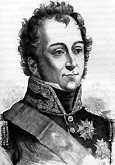
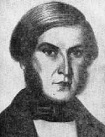
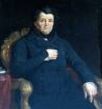
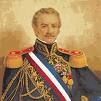




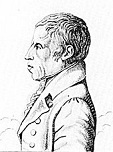

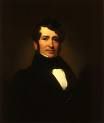


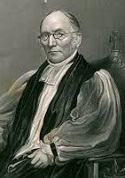
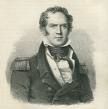




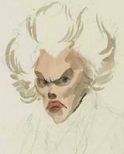

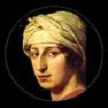
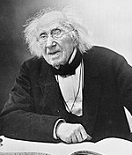

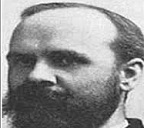

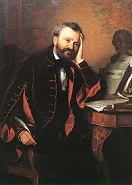
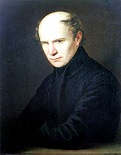
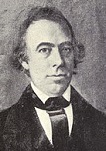
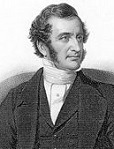
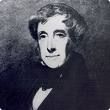
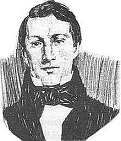

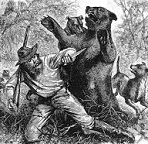
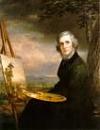

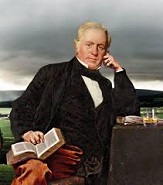
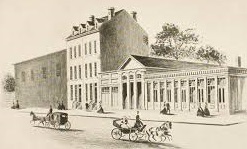
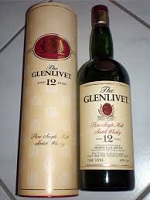
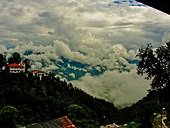
1823 In Jan. the first recorded discovery of fossil human remains takes place at Goat's Hole Cave at Paviland on the Gower peninsula of South Wales, the Red Lady of Paviland (actually a man). On Feb. 7 after El Salvador secedes from Guatemala to avoid incorporation into Mexico, and Guatemala invades, the defenders led by Mariano Prado Baca (1776-1837) evacuate San Salvador, camp at his Santa Catalina hacienda near San Vicente, march toward Honduras, and surrender at Gualcince. On Feb. 10 the first Cologne Carnival (Rose Monday) is held. On Feb. 17 Scottish explorer-botanist Bain Hugh Clapperton (1788-1827) and Scottish-born British naval surgeon Walter Oudney (1790-1824) discover Lake Chad in C Africa while on an expedition from Tripoli to explore the Niver River, becoming the first Euros to accomplish a N-S crossing of the Sahara Desert; Oudney dies next Jan. 12 in Murmur (near Katagum) on the road to Kano, and Clapperton continues to Sokoto, capital of the Fula Empire, and returns to Tripoli on Jan. 26, 1825; too bad, after becoming a big hero and publishing an account of his journeys, he decides to return to Sokoto, where Sultan Bello detains him, and he ends up dying of dysentery on Apr. 13, 1827. On Feb. 28 the U.S. Supreme Court unanimously rules in Johnson v. M'Intosh that Native Ams. have the right of occupancy but not title to lands in the U.S., and hence can't sell it to private citizens but only to the U.S. govt. In Feb. English seal hunter James Weddell (1787-1834) begins an expedition to search for seals, and sails to 74 deg. S, discovering the Weddell Sea (main source for the bottom water of the world ocean), and the cute cuddly Weddell Seal. On Mar. 19 a rebellion in Mexico led by Veracruz-born criollo Antonio Lopez de Santa Anna (Antonio de Padua María Severino López de Santa Anna y Pérez de Lebrón) (1794-1876) forces Emperor Augustus I to abdicate; El Salvador regains its sovereignty, with Mariano Prado as pres. on June 17 (until Apr. 22, 1824, then Oct 1-Dec. 13, 1824, and Nov. 1, 1826-Jan 30, 1829); a faction in Costa Rica attempts to annex with Mexico, starting a civil war; too bad, the ex-emperor is granted safe passage out of the country under penalty of death for returning, and after moving to London via Italy and writing his memoirs, the dope returns next July 15, and is shot by the authorities in Padilla, leaving 10 children. On Apr. 4 Gen. Ramon (Ramón) Freire Serrano (1787-1851) is made the pres.-dictator #3 of Chile by a military junta (until July 9, 1826); on Jan. 25, 1827 he becomes pres. #3 of Chile (until May 8, 1827). On Apr. 7 the Mechanics' Inst. is founded in Manchester, England by chemist John Dalton (1766-1844) et al. to provide a scientific education for the working man based on the ideas of Thomas Hodgskin (1787-1869); on Oct. 1, 2004 it is merged into the Victoria U. of Manchester to form the U. of Manchester Inst. of Science and Technology (UMIST). On Apr. 24 Plainfield, Mass.-born Protestant missionary William Richards (1793-1847) arrives in Hawaii, landing in Honolulu on Apr. 27, founding a mission on Maui on May 31, hooking up in June with London-born English missionary William Ellis (1794-1872), who arrived in Honolulu from Tahiti on Feb. 4, who helps him baptize Queen Mother Keopuolani (1778-1823) (highest ranking wife of Kamehameha I), causing young king Kamehameha II to leave for a state visit of England in Dec.; meanwhile Ellis tours the islands, incl. Kailua-Kona, Kaleakekua Bay, Pu'uhonoua o Honaunau, Mauna Loa, the Kilauea, becoming the first Euros to see the caldera, Hilo and Waipi'o Valley, and Mauna Kea, going on to invent a romanized Hawaiian alphabet (5 vowels, 8 consonants incl. the 'okina for glottal stop) and set up a printing press before returning to England in Aug. 1824; the Hapa (Hawaiian "half") class of mixed people begins to emerge, esp. hapa haole (part-white); Hawaiians consider Portuguese to be a separate race from whites. On May 5 the Roman Catholic Catholic Assoc. is founded in Ireland by Daniel O'Connell (1775-1847) ("the Liberator") ("the Emancipator") to fight for their free-ee-ee-doms, demanding complete Roman Catholic emancipation from Protestant England and justice for Ireland, organizing large-scale public protests in Ireland, becoming one of the first mass-membership political movements in Europe, scaring British home secy. Robert Peel, who utters the 1824 soundbyte: "We cannot tamely sit by while the danger is hourly increasing, while a power co-ordinate with that of the Government is rising by its side, nay, daily counteracting its views", and the Duke of Wellington to utter the soundbyte: "If we cannot get rid of the Catholic Association, we must look to civil war in Ireland sooner or later"; too bad, after they turn to the Tories to stop Catholic Emancipation, only to find that the Ultra-Tories faction is kaput, Danny wins the day - erin go bragh? On May 27 the Villafrancada erupts in the Villa Franca de Xira near Lisbon, Portugal, headed by Brig. Gen. Ferreira Sampaio and joined by Dom Miguel de Braganca and his mother the queen declares support for an absolutist monarchy and the ditching of the 1822 constitution, demanding the abdication of the king, who marches on the town and causes them all to submit, but dismisses the Cortes, forcing many liberals into exile. On May 29 the Repub. of Yucatan is founded, joining the Mexican Federation on Dec. 23 as the Federated Repub. of Yucatan (until 1841). In May after Conn. disestablishes the Congregational Church in 1818, Trinity College is founded in Hartford, Conn. by Episcopalian bishop (since 1852) Thomas Church Brownell (1779-1865), becoming the 2nd college founded in Conn. after Yale U. On June 2 (early a.m.) Ashley's Hundred is attacked by Arikara warriors, retreating downstream on the Missouri River and sending for help, reaching Ft. Kiowa before setting out overland to the Yellowstone River, reaching the forks of the Grand River in modern-day Perkins County, S.D. 200 mi. away, where Scranton, Penn.-born mountain man Hugh Glass (1783-1833) surprises a grizzly bear with two cubs, who badly mauls him before being killed, causing his party to carry him on a litter for two days, after which John S. Fitzgerald and "Bridges" (Jim Bridger?) volunteer to stay with him until he dies, only to abandon him after stealing his equipment, leaving him to crawl back wearing a bear hide to the Cheyenne River, where he makes a crude raft and floats downstream the rest of the way to Ft. Kiowa, taking a total of six weeks, pardoning the bozos; in early spring 1833 he is killed on the Yellowstone River by the Arikara; filmed in 2015 by Alejandro Inarritu as "The Revenant" starring Leonardo DiCaprio. On June 5 Joao VI revises the new liberal constitution of Portugal to take out the liberalism and make it absolutist. On July 4 San Francisco Solano in Sonoma becomes the 21st and last Spanish mission founded in Calif.; San Diego de Alacala was the first in 1769. On July 15 after a workman repairing the roof starts it, the major papal basilica of St. Paul's Outside the Walls in Rome (built 450) is destroyed by fire; it is reopened in 1840, and reconsecrated in 1855 by Pope Pius IX and 50 cardinals. On July 20 Pope (since 1800) Pius VII (b. 1740) dies, and on Sept. 28 Annibale Sermattei Della Genga is elected Pope (#252) Leo XII (1760-1829), continuing Pius VII's policies of establishing concordats with govts. in return for state protection of the Church, while policing morals, persecuting Jews, and condemning Protestant Bible societies and anybody else in the way of the One True Church; the Rothschild family takes over the worldwide financial operations of the Church - are you making a toy angel? On Aug. 31 after the crowned heads of Europe approve a French invasion of Spain by the 60K-man Hundred Thousand Sons of Saint Louis (Spanish Expedition), led by the Duke of Angouleme (son of future king Charles X) to reinstate his absolute power, the Battle of Fort Trocadero is a V for the French, followed on Sept. 20 by Fort Sancti-Petri, which turn their guns on Cadiz, causing it to fall on Sept. 28, and the Cortes to dissolve itself and hand over Ferdinand VII to the French before surrendering on Sept. 30, ending the Spanish Liberal Rev. of 1820 and restoring Ferdinand VII as king of Spic 'n' Span Spain, who on Oct. 1 breaks his oath and revokes the liberal Constitution of Cadiz of 1812 and all legislation enacted by the pesky rev. govt., going on to rule with an iron hand, hanging pesky Rafael del Riego on Nov. 7; on Nov. 5 the Duc d'Angouleme leaves his 45K-man force in Madrid under the command of Gen. Louis-Auguste-Victor, Count de Ghaisnes de Bourmont (1773-1846), who evacuates Spain completely by 1828; French foreign affairs minister (since Aug. 28, 1822) Francois-Rene de Chateaubriand approves of the invasion despite opposition by the Duke of Wellington, getting him removed on Aug. 4, 1824 by new PM Jean-Baptiste de Villele. On Sept. 1 after the U.S. Supreme Court goes a record 11 years, 8 mo. without a change in membership (1811-23), New York-born former U.S. navy. secy. #6 (since Jan. 1, 1819) Smith Thompson (1768-1843) is appointed as the 18th justice (until Dec. 18, 1843) to replace Henry Brockholst Livingston (1806-23), and confirmed by the U.S. Senate on Dec. 9, giving the court a lame eight members; an opponent of chief justice John Marshall, Thompson goes on to run unsuccessfully for gov. of N.Y. from the bench in 1828. On Sept. 21-22 Joseph Smith Jr. is allegedly visited by the angel Moroni, who tells him of the Book of Mormon and shows him the gold plates buried in Hill Cumorah; Moroni, having a pipeline to God tells him the true history of the American continent, how it was first colonized by the Lost Tribes of the Jews, then visited by fictional Bible figures incl. Jesus Christ, who gave them the true religion, after which there was a dreadful apostasy, causing their skin to darken as punishment (creating the Indians), and how now that his pure whiteness has arrived, he will become head of the one true, new, and improved church and get all the worshipful, adoring white poontang he can shake his fork at as compensation, making everybody look like snack-and-seal Elvis?; of course, he has to endure a get-the-odors-out 4-year college-free worthiness quest before being permitted to graduate into the big leagues of come-hungry-leave-happy prophetdom? On Sept. 27 after his mother Keopuolani dies on Sept. 16, 6'0" Hawaiian king (since May 20, 1819) Kamehameha II makes up his mind to sail for England to discuss the Russian problem with George IV, followed by France to seek another alliance against the Russkies, and in Nov. he and his queen Kamamalu set sail on the British whaling ship L'Aigle (Fr. "The Eagle") under Capt. Valentine Starbuck, becoming the first foreign state visit by a Hawaiian king, making an unscheduled detour and arriving in Rio de Janeiro next Feb. to meet Emperor Pedro I (first visit by a non-Euro monarch to a Latin Am. country), staying for 18 days before arriving in Portsmouth, England on May 17, where they become a big curiosity with the press, attending a reception with 200 guests held in their honor next May 28, then touring London incl. Westminster Abbey (where the Hawaiian king refuses to set foot for fear of desecrating the burial place of kings), attending the Royal Opera House in Covent Garden on May 31, the Theatre Royal in Drury Lane on June 4, and the Royal Military Asylum on June 5, where they contract measles, the queen dying on July 8 and the king on July 14 before they can meet with George IV.; while in Brazil the Hawaiians visit coffee plantations and taste their first coffee, causing several coffee plans to be send to Francisco Paulo de Marin, which all fail, after which an Ethiopian variety introduced by Kamehameha's son Poke thrives, becoming Kona coffee; while in Brazil, royal brats Poki (Boki) and Kalanimoku go skinny-dipping on a beach, shocking some women, but Pedro I smooths things over. On Nov. 19 Joseph Smith Jr.'s Tunbridge, Vt.-born eldest brother Alvin Smith (b. 1798) dies in Palmyra, N.Y. of mercury poisoning from calomel after allegedly becoming a believer in his claim about gold plates on Hill Cumorah, which he hasn't recovered yet, after which Young Joe begins to take over family affairs; when he is given a funeral at the local Presbyterian church, and Rev. Stockton claims that since he isn't a church member he's already in Hell, Young Joe swears to never become a Presbyterian, and later has a vision about his big brother getting saved somehow, leading to the establishment of the Mormon doctrines of redemption, baptism of the dead (vicarious or proxy baptism), and destiny of the unevangelized. 200 years after the Pilgrims land on Plymouth Rock, their descendants claim the entire hemisphere? You stay in your hemisphere, I'll stay in mine? On Dec. 2 (Tues.) after Austria suggests that the European monarchs should assist Spain in its struggle against Simon Bolivar's revolt, the Monroe Doctrine is announced by Pres. Monroe in his 1823 annual message to Congress, declaring the preeminence of the U.S., and prohibiting European expansion (colonization) in the Western Hemisphere, warning that any extension of the European system there will be regarded as a hostile act; U.S. secy. of state J.Q. Adams contests "the right of Russia to any territorial establishment on this continent", rejecting the tsar's 1821 claims to the Pacific coast; France and E European powers attempt to get Britain to join a congress to discussion the suppression of revolts in the Spanish-Am. colonies, but Britain refuses, saying that it is Spain's sole responsibility; British sea power combines with the Monroe Doctrine to let the revolutions succeed. British home secy. Robert Peel finishes the work started by Sir Samuel Romilly and Sir James Mackintosh and obtains the abolition of the death penalty for about 100 harmless offenses; the practice of burying a suicide at a crossroads with a stake through his heart to keep him from coming back as an evil ghost is outlawed, and suicides can now be buried on consecrated ground (west side for the common people, south for the gentry, north for criminals, and east for the saintly because it's nearer to the Holy Land). The Treaty of Moultrie Creek between the U.S. and the Seminoles establishes a 4M-acre rez in C Fla. and assures the return of runaway slaves. Andres (Andrés) Novales (1800-23) leads a revolt in the King's Own Regiment in the Philippines, deepening ethnic divisions and leading to Philippine nationalism. The French occupy El Ferrol naval base in Spain. A U.S. fleet under Commodore David Porter (1780-1843) is sent to the West Indies to suppress piracy (until 1825); too bad, after one of his officers is jailed, Porter invades Fajardo, Puerto Rico, causing him to be court-martialed and resign in 1826, after which he joins the Mexican Navy, becoming its CIC in 1826-9; when he croaks in 1843, his younger son David Dixon Porter and adopted son David Farragut go on to become U.S. admirals, and his elder son William David Porter becomes a commodore. Switzerland refuses asylum to political refugees. Am. businessman William Wheelwright (1798-1873) is shipwrecked near Buenos, Aires, and decides to stay in South Am., going on to develop a steamship line on the W coast in 1840, discover coal and copper deposits in Chile, and build one of the first railroads in South Am. along with the first telegraph line. The Texas Ranger Div. (Texas Rangers) is founded by Stephen F. Austin; in 2015 they have 162 commissioned members - upgrade to the healthier side of whitening? Former U.S. House speaker #9 (1814-15) Langdon Cheves (1776-1857) of S.C. rescues the Bank of the United States by austerity measures and by putting pressure on the state banks, and relinquishes his position as pres. to Nicholas Biddle (1786-1844) of Philadelphia, Penn. (until 1836). U.S. Supreme Court justice Bushrod Washington (George Washington's nephew) decides the federal court case of Corfield v. Coryell, providing a list of the "privileges and immunities" enjoyed by U.S. citizens, incl. the right to life, liberty, property, and happiness, but unfortunately not the right for non-residents to harvest oysters and clams in N.J. The First British-Ashanti (Anglo-Ashanti) War in Ghana (ends 1831) begins when the Ashanti kidnap and murder an African sgt. of the Royal African Corps, then ambush and kill a small British force, killing 10 and injuring 39, after which Irish-born British gov. Sir Charles McCarthy (1764-1821) tries in vain to negotiate, then leads a force of 3K from the Cape Coast. The fairyland foothill town of Mussoorie (alt. 6,170 ft.) in Uttarakhand, N India 35 mi. from Dehradun and 180 mi. N of modern-day New Delhi (modern-day pop. 30K0 is founded by British lt. Frederick Young (1786-1874) of the British East India Co. as a hunting lodge; he raises the first Gurkha regiment there, and plants the first potatoes and tea in the Himalayas. Old Hickory backer Sam Houston becomes a U.S. congressman from Tenn. Learned Jewish rabbi David Paul Drach (1791-1868) converts to Roman Catholicism, becoming a big propaganda V for the Church - whose panties are on the bulletin board? A fire destroys one of the two ancient churches built over the tomb of St. Paul in 390 by Roman emperor Theodosius, causing a new basilica to be built over the spot; in Dec. 2006 the sarcophagus is unearthed by Vatican archaeologists. William Smith (1756-1835) and Zachary Macaulay (1768-1838) found the Anti-Slavery Society (London Society for the Abolition of Slavery in Our Colonies) in England, with Macaulay amassing huge volumes of evidence to use in the battle. The Oxford Union Society is founded in England, becoming the world's most prestigious debating society. George IV presents his father's library to the British Museum. Middlebury College in Vt. (founded on Nov. 1, 1800) becomes the first U.S. higher education inst. to grant a bachelor's degree to an African-Am., Alexander Lucius Twilight (1795-1857). The Brooklyn Museum of Art is founded as the Brooklyn Apprentices' Library. George Pope Morris (1802-64) and Samuel Woodworth (1784-1842) found the New York Mirror and Ladies' Literary Gazette, ed. by Morris until 1842. The medical journal The Lancet is founded in England by surgoen Thomas Wakley (1795-1862) et al., reaching 4K circ. by 1830 and becoming one of the top medical journals on Earth. Jeremy Bentham (1748-1832) and John Stuart Mill (1806-73) found Westminster Review for disseminating the utilitarian views of the "Philosophical Radicals", incl. them plus David Ricardo (1772-1823), George Grote, Joseph Hume, and Edwin Chadwick, who helped draft the Poor Law Amendment Act - it's not just how you're covered it's how you're treated? Zion's Herald mag., "An Open Forum for People of Faith" begins pub. in the U.S. - spring into action and shoe big? Rudolph Ackermann of London begins pub. Forget-Me-Not, the first illustrated British lit. annual, becoming a hit for women to show off in their drawing rooms. Count Odette Philippe introduces the red grapefruit to Safety Harbor, Fla.; the first white variety is derived from it in 1830, followed by the tangelo in 1905, the minneola in 1931, and the sweetie in 1984. Am. printer William J. Stone makes a copper plate engraving of the Declaration of Independence, which ends up being used to make reproductions after the original suffers irreversible fading. The English Parliament passes the 1823 Excise Act, making commercial distillation of whiskey more profitable and imposing punishments on landowners when unlicensed distilleries are found on their lands; in 1824 former moonshiner George Smith (1792-1871) becomes the first person to obtain a distillery license under the new law, founding Glenlivet Distillery in Moray, Scotland, "The single malt that started it all", offering 12 to 25-y.-o. varieties, becoming the 2nd best-selling brand on Earth and the best-selling brand in the U.S., producing 6M bottles/year; in 1977 it is acquired by Seagram; in 2000 French co. Pernod Ricard acquires it. Sports: The Royal Thames Yacht Club is founded on Aug. 14 in the White Horse Tavern in London, holding their first race on Sept. 19 between Blackfriars and Wandsworth; the royal designation is added in 1830 when William IV is crowned. Rugby Football is allegedly first played at Rugby School in Rugby, Warwickshire, England (founded 1567) when student (later Anglican clergymen) William Webb Ellis (1806-72), "with fine disregard for the rules of football as played in his time, first took the ball in his arms and ran with it, thus originating the distinctive feature of the Rugby game"; he really bans the practice of hacking (kicking in the shins to tackle), but the first story plays better so it becomes The Story? Architecture: Niblo's Garden on Broadway near Prince St. in Manhattan, N.Y. is founded as Columbia Garden, acquired in 1828 by Irish-born coffeehouse owner William Niblo (1790-1878), who turns it into the San Souci theater, and Niblo's Theater in 1834, going on to host P.T. Barnum's first exhibition 1835 and form a vaudeville co. in summer 1837; after being destroyed by a fire on Sept. 18, 1846 and reopened in summer 1849 with 3.2K cap. ($2/seat), it begins producing Italian opera, becoming the best-equipped and most fashionable theater in New York City; it is destroyed by fire in 1872 and rebuilt by dept. store magnate A.T. Stewart; the final performance is given on Mar. 23, 1895. Royal Brighton Pavilion (begun 1815) is finished. Sir Robert Smirke begins building the British Museum in London (finished 1847). Louis Lebas begins Notre Dame-de-la-Lorette in Paris. Inventions: French inventor Pierre Antoine Angilbert invents a food can that can be opened by melting the solder around the lid; real can openers don't appear until the 1860s, when cans begin to be made with tin plate. Charles Babbage (1791-1871) of England invents the first working digital calculating machine, the Difference Engine to calculate tables of functions by finite difference methods. Cyrus P. Dalkin of Concord, Mass. invents carbon copies; the public doesn't really pick up on the idea for fifty years? Sebastien Erard (Erhard) (1752-1831), piano maker in France since the 1790s invents a grand piano with double escapement. Science: 21-y.-o. Hungarian mathematician Janos (Johann) Bolyai (1802-60) and 30-y.-o. Russian mathematician Nikolai Ivanovich Lobachevsky (1792-1856) independently discover Non-Euclidean Geometry; the same year French mathematician Adrien-Marie Legendre (1752-1833) comes up with a bogus proof of Euclid's Fifth Postulate, stumbling over the big breakthrough without realizing it? Augustin Louis Cauchy rigorously proves the Fundamental Theorem of Calculus. Michael Faraday liquefies chlorine. Joseph von Fraunhofer constructs the first glass optical transmission grating by ruling the lines with a diamond point, allowing him to measure their exact wavelength instead of only the angles. Czech physiologist Jan Evangelista Purkinje (1787-1869) proposes fingerprints as a means of identification, recognizing nine principal configuration groups. Nonfiction: Michel Eugene Chevreul (1786-1889), Researches on Animal Fats (Recherches sur les corps gras d'origine animale); first analysis of soap, incl. stearin (white solid substance), olein (liquid fat), and oleic acids, giving them their names; he goes on to discover margaric acid and creatine, pioneer the field of gerontology, and become one of the 72 scientists and engineers inscribed on the Eiffel Tower, dying 10 days after Gustave Eiffel plants the French Tricolor on top, becoming the last person born before the French Rev. to die. Lorenzo Dow (1777-1834), The Stranger in Charleston, or The Trial and Confession of Lorenzo Dow. Johann Peter Eckermann (1792-1854), Beitrage zur Poesie mit Besonderer Hinweisung auf Goethe. Sir John Franklin (1786-1847), Narrative of a Journey to the Shores of the Polar Sea in the Years 1819, 20, 21, and 22. Julius Heinrich Klaproth (1783-1835), Asia Polyglotta (Paris); all that is known about Oriental languages by Westerners at this point. Charles Lamb (1775-1834), Essays of Elia. Comte Henri de Saint-Simon (1760-1825), Le Catechisme Des Industriels. Mary Wollstonecraft Shelley (1797-1851), Valperta; or, The Life and Adventures of Castruccio, Prince of Lucca; about Castruccio Castracani (1281-1328). Rev. Ethan Smith (1762-1849), View of the Hebrews; New Israelites preacher from Poultney, Rutland County, Vt. claims that the Native Ams. are descended from the Ten Lost Tribes of Israel; Oliver Cowdery, who helped Joseph Smith Jr. translate the Gold Plates grew up in Poultney, Rutland County, Vt. and attended Ethan Smith's Congregational Church there along with his father William Cowdery, known for dowsing (money digging); Joseph Smith Sr. also was a member?; the real source of the Book of Mormon? Robert Southey (1774-1843), History of the Peninsular War, 1807-1814 (3 vols.) (1823-32). Louis Adolphe Thiers (1797-1877), Histoire de la Revolution Francaise (10 vols.) (1823-7); loose with the facts but popular? William Tudor (1779-1830), The Life of James Otis of Massachusetts. Music: Daniel Auber (1782-1871) and Eugene Scribe (1791-1861), Leicester (opera). Ludwig van Beethoven (1770-1827), Missa Solemnis (Solemn Mass), Op. 123 (St. Petersburg, Russia); commissioned by Prince Nikolas Galitzin to celebrate the 1820 installation of Beethoven's friend, pupil and patron Archduke Rudolph as cardinal; Diabelli Variations (1 hour); 33 variations dedicated to his "Immortal Beloved" Antonie (Antonia) von Birkenstock Brentano (1780-1869). Sir Henry Rowley Bishop (1786-1855), Clari, or the Maid of Milan (operetta) (Aug. 5) (Covent Garden, London); contains the song Home Sweet Home, with lyrics by John Howard Payne (1792-1852). Ferenc Erkel (1810-93), Himnusz; lyrics by Ferenc Kolcsey (1790-1838); adopted as the Hungarian nat. anthem in 1844. Franz Peter Schubert (1797-1828), Piano Sonata in A minor, D784 (his first mature sonata); Die Verschworenen, D787; Die Schone Mullerin, D795 (based on the poetry of Wilhelm Mueller); Fierabras, D796; Rosamunde, D797; his works after this year really take off, consummating his unique lyrical, melodic style, but since he takes sick in Jan. and only lives one year beyond Beethoven he never really gets his time in the Sun? - does your restless mind keep you from sleeping? Louis Spohr (1784-1859), Jessonda (opera) (London); a white Euro man in love with an Indian princess; big hit; later banned by the Nazis; incl. Jessonda Overture, Op. 63. Carl Maria von Weber (1786-1826), Euryanthe (Theater am Kartnertor, Vienna) (Oct. 25); has a poor libretto by Helmina von Chezy, but a great Overture. Art: Asher Brown Durand (1796-1886), The Signing of the Declaration of Independence; an engraving based on John Trumbull's 1787 painting; makes him a hit and gets him commissions to make engravings of Andrew Jackson, Henry Clay, and a bunch of U.S. presidents. Joseph Anton Koch (1768-1839), Landscape with Ruth and Boaz (1823-5). J.M.W. Turner (1775-1851), Childe Harold's Pilgrimage. Ferdinand Waldmuller (1793-1865), Portrait of Beethoven. Novels: Willibald Alexis (1798-1871), Walladmor; "freely translated from the English of Sir Walter Scott". James Fenimore Cooper (1789-1851), The Pioneers; first of the five novels known as the Leather-Stocking Tales, featuring Natty Bumppo (Hawkeye) and his noble savage pal Chingachgook; first successful novel of frontier life, father of 19th cent. cowboy novels; The Pilot; set during the Am. Rev., with title char. based on John Paul Jones; the first sea novel? Victor Hugo (1802-85), Han d'Islande. Lady Caroline Lamb (1785-1828), Ada Reis. Sir Walter Scott (1771-1832), Quentin Durward; a Scottish Guard archer in the service of Louis XI of France. Poetry: Lord Byron (1788-1824), The Age of Bronze; The Island; or, Christian and His Comrades. Isaak da Costa (1798-1860), Bezwaren Tegen den Geest der Eeuw; attack on liberalism. Alphonse de Lamartine (1790-1869), Nouvelles Meditations (Nouvelles Méditations) (New Meditations). Louis-Jean Neopomucine Lemercier (1771-1840), Moise. Dr. Clement Clarke Moore (1779-1863), A Visit from St. Nicholas ('Twas the Night Before Christmas) (Dec. 23) pub. anon in the N.Y. Sentinel of Troy, N.Y., claiming authorship in 1837; written after meeting a plump bearded Dutchman?; "'Twas the night before Christmas, when all thro' the house/ Not a creature was stirring, not even a mouse;/ The stockings were hung by the chimney with care,/ In hopes that St. Nicholas soon would be there;/ The children were nestled all snug in their beds,/ While visions of sugar plums danced in their heads"; introduces Dasher, Dancer, Prancer, Vixen, Comet, Cupid, Donner, and Blitzen; popularizes the tradition of exchanging gifts on Christmas, launching annual Christmas shopping, bringing the question of the true meaning of Christmas into the public arena; dedicated to his children as a Christmas Eve present; he fails to copyright it so it gets widely pirated, and others, incl. Maj. Henry "Holly Jolly" Livingston Jr. (1748-1828) are claimed as the real author. Thomas Moore (1779-1852), The Lives of the Angels; Fables for the Holy Alliance. August von Platen (1796-1835), Neue Ghaselen. Alexander Pushkin (1799-1837), The Fountain of Bakhchisarai; turned into an opera in 1911 by Alexander Ilyinsky, and into a ballet in 1934 by Boris Asafyev. Robert Southey (1774-1843), The Cataract of Lodore; written in 1820; about Lodore Falls in Cumbria, England; big hit; the body of the poem resembles a waterfall? Novels: John Galt (1779-1839), The Entail (3 vols.); his masterpiece?; Claud Walkinshaw is obsessed with owning the estate lost by his grandfather in an ill-fated Am. speculation; The Gathering of the West; Ringan Gilhaize (3 vols.); The Spaewife (3 vols.). Births: Hungarian poet Alexander Petofi (d. 1849) on Jan. 1 in Kiskoroso. English engineer (torpedo inventor) Robert Whitehead (d. 1905) on Jan. 3 in Bolton, Lancashire. English naturalist-philosopher ("Father of Biogeography") (Spiritualist) Alfred Russel Wallace (d. 1913) on Jan. 8 in Llanbadoc (near Usk), Monmouthshire, Wales; descendant of Sir William Wallace (-1305). Am. Salisbury Steak physician James Henry Salisbury (d. 1905) on Jan. 12 in Scott, N.Y.; educated at Rensselaer Polytechnic Inst. Hungarian "The Tragedy of Man" poet-dramatist Imre Madach (d. 1864) on Jan. 21 in Also-Sztregova (Dolna Strehova, Slovakia). Argentine painter Prilidiano Pueyrredon (Pueyrredóon) (d. 1870) on Jan. 23; son of dictator Juan Martin de Pueyrredon (1776-1850). French "Spanish Symphony" composer Edouard Victor Antoine Lalo (d. 1892) on Jan. 27 in Lille. French "Life of Jesus" Rationalist historian-philosopher Joseph Ernest Renan (d. 1892) on Feb. 28 in Treguier, Brittany. Chinese politician-diplomat ("the yellow Bismarck") Li Hongzhang (Li Hung-chang), Marquess Suyi (d. 1901) on Feb. 15 in Hefei. Hungarian statesman Count Julius (Gyula) Andrassy Sr. (d. 1890) on Mar. 8 in Kassa; father of Count Julius Andrassy Jr. (1860-1929). Scottish shipping magnate (in East Africa and India) Sir. William Mackinnon, 1st Baronet (d. 1893) on Mar. 13 in Campbelltown, Argyll; founder of the British India Steam Navigation Co. (1856) and Imperial British East Africa Co. (1888). U.S. Civil War Confed. brig. gen. Roswell Sabine Ripley (d. 1887) on Mar. 14 in Worthington (near Columbus), Ohio; nephew of James Wolfe Ripley (1794-1870). English "Eventide" composer-organist William Henry Monk (d. 1889) on Mar. 16 in London. Am. "Buffalo Bill Cody, King of the Border Men" dime novel writer Ned Buntline (Edward Zane Carroll Judson Sr.) (d. 1886) (b. 1813?) on Mar. 20 in Harpersfield (near Stanford), Duchess County, N.Y.; grows up in Bethany and Philadelphia, Penn.; runs away to sea in Nov. 1834 and names himself after a rope at the bottom of a square sail. Am. 6'4" Civil War Confed. gen. John Echols (d. 1896) on Mar. 20 in Lynchburg, Va. U.S. vice-pres. #17 (1869-73) Schuyler Colfax Jr. (d. 1885) on Mar. 23 in New York City. Am. Civil War Confed. lt. gen. Simon Bolivar Buckner (d. 1914) on Apr. 1 in Munfordville, Hart County, Ky.; father of Simon Bolivar Buckner Jr. (1886-1945); Ky. gov. (1867-91); known for his unconditional surrender to Gen. Grant at Ft. Donelson in 1862. Am. 6' 300 lb. Tammany Hall corrupt Dem. politician (Quaker) William Magear "Boss" Tweed (d. 1878) on Apr. 3 in Lower East Side, Manhattan, N.Y.; Scottish-Irish descent father. British engineer-inventor Sir Charles William (Karl Wilhelm) Siemens (d. 1883) on Apr. 4 in Lenthe (Gehrden), Hanover, Germany; brother of Ernst Werner von Siemens (1816-92) and Carl Heinrich von Siemens (1829-1906); emigrates to England in 1844; knighted in 1883; co-inventor with Pierre Emile Martin (1824-1915) of the Siemens-Martins regenerative furnace; inventor of the electric pyrometer and bathometer. Am. Confed. officr Thomas Reade Rootes Cobb (d. 1862) on Apr. 10 in Jefferson County, Ga.; of Welsh descent. brother of Howell Cobb ((1815-68); educated at the U. of Ga. Russian comedic dramatist Alexander Nikolaevich Ostrovsky (Ostrovski) (d. 1886) on Apr. 12 in Moscow; big man in Moscow but a big zero in St. Petersburg? German mathematician Ferdinand Gotthold Max Eisenstein (d. 1852) on Apr. 16. Am. Civil War Union Maj. Gen. Jesse Lee Reno (d. 1862) on Apr. 20 in Wheeling, Va. (modern-day W. Va.); descended from the French Renault family that emigrated in 1770; classmate of Stonewall Jackson, George B. McClellan, George Pickett, and A.P. Hill. Turkish Ottoman sultan #31 (1839-61) Abdul Mecid (Mejid) (Abdulmecid) I (d. 1861) on Apr. 23/25; son of Mahmud II (1785-1839); father of Abdul Hamid II (1842-1918). Scottish Balfour's Test physician George William Balfour (d. 1903) on May 2. U.S. Sen. (R-Ohio) (1861-7, 1881-97), treasury secy. #32 (1877-81), and state secy. #35 (1897-8) ("the Ohio Icicle") John Sherman (d. 1900) on May 10 in Lancaster, Ohio; brother of Charles Taylor Sherman (1811-79), William Tecumseh Sherman (1820-91), and Hoyt Sherman (1827-1904); sponsor of the Sherman Silver Act and the Sherman Antitrust Act. Am. mystic Thomas Lake Harris (d. 19060 on May 15 in Fenny Stratford, Buckinghamshire, England; emigrates to Utica, N.Y. at age 5. Scottish Shakespearean actress Isabella Glyn (d. 1889) on May 22 in Edinburgh. Am. Lincoln assassination mystery figure Mary Elizabeth Eugenia Jenkins Surratt (d. 1865) (b. 1820?) in May/June in Waterloo, Md.; mother of John Surratt (1844-1916). Am. Confederate spymaster (grandfather of the CIA?) James Dunwoody Bulloch (d. 1901) on June 25 in Savannah, Ga.; uncle of U.S. pres. Theodore Roosevelt; leaves the U.S. Navy to build Confed. raiding ships in Liverpool, England. German economist-politician (Jewish) Ludwig Bamberger (d. 1899) on July 22 in Mainz. English "The Unknown Eros" poet-critic Coventry Kersey Dighton Patmore (d. 1896) on July 23 in Woodford, Essex; eldest son of Peter George Patmore (1786-1855); father of Henry John Patmore (1860-83). English "History of the Norman Conquest" historian Edward Augustus Freeman (d. 1892) on Aug. 2 in Harborne (near Birmingham); educated at Trinity College, Oxford U.; teacher of Arthur Evans (1851-1941). Am. Repub. politician Oliver Hazard Perry Throck Morton (d. 1877) on Aug. 4 in Salisbury, Ind.; grows up in Ohio and Centerville, Ind.; named for Oliver Hazard Perry; educated at Miami U. English "The Heir of Redclyffe" novelist ("Novelist of the Oxford Movement") Charlotte Mary Yonge (d. 1901) on Aug. 11 in Otterbourne, Hampshire. British-Canadian historian-journalist Goldwin Smith (d. 1910) on Aug. 13 in Reading, Berkshire, England; educated at Eaton, and Magdalen College, Oxford U. British statesman Hardinge Stanley Giffard, 1st Earl of Halsbury (d. 1921) on Sept. 3 in London; father of Hardinge Goulburn Giffard, 2nd earl of Halsbury (1880–1943); educated at Merton College, Oxford U. Am. paleontologist ("Father of American Vertebrate Paleontology") Joseph Leidy (d. 1891) on Sept. 9 in Philadelphia, Penn.; educated at the U. of Penn. Serbian prince (1839-42, 1860-8) Michael (Mihailo) Obrenovic III (d. 1868) on Sept. 16 in Kragjujevac; son of Milos Obrenovic I (1780-1860); brother of Milan Obrenovic II (1819-39). Am. "The Oregon Trail" historian-horticulturist Francis "Frank" Parkman Jr. (d. 1893) on Sept. 16 in Boston, Mass.; educated at Harvard U. French "The Birth of Venus" academic painter Alexandre Cabanel (d. 1889) on Sept. 28 in Montpellier. Am. diplomat-poet-playwright George Henry Boker (d. 1890) on Oct. 6 in Philadelphia, Penn.; educated at Princeton U. Am. Mormon writer Oliver Boardman Huntington (d. 1909) on Oct. 14 in Watertown, N.Y. French reinforced concrete inventor (gardener) Joseph Monier (d. 1906) on Nov. 8 in Saint-Quentin-la-Poterie. Am. blackface performer Francis Marion "Frank" Brower (d. 1874) (Virginia Minstrels) on Nov. 20 in Baltimore, Md. Russian statesman-economist Nicholas (Nikolai) Khristianovich Bunge (d. 1895) on Nov. 23 (Nov. 11 Old Style) in Kiev. English "A Manual of English Literature" lit. scholar Thomas "Tom" Arnold II (the Younger) (d. 1900) on Nov. 30 in Staines; son of Thomas Arnold (1795-1842); brother of Matthew Arnold (1822-88) and William Delafield Arnold (1828-59); educated at Oxford U.; converts to Roman Catholicism; teacher of James Joyce. German botanist Nathanael Pringsheim (d. 1894) on Nov. 30 in Landsberg, Silesia. Anglo-German "Sacred Books of the East" philologist-mythologist-orientologist (Lutheran) ("Founder of Comparative Religion") Friedrich Max Mueller (Müller) (d. 1900) on Dec. 6 in Dessau, Anhalt, Germany; son of Wilhelm Muller (1794-1827); father of Wilhelm Max Mueller (1862-1919); educated at Leipzig U.; student of Friedrich Schelling, Franz Bopp, and Eugene Burnouf; emigrates to Britain in 1850; first Oxford prof. of comparative theology (1868-87). German mathematician (Jewish-turned-Christian) Leopold Kronecker (d. 1891) on Dec. 7 in Liegnitz, Prussia; brother of Hugo Kronecker (1839-1914); educated at the U. of Berlin, U. of Bonn, and U. of Breslau; student of Ernst Kummer and Pete Gustav Lejeune Dirichlet; teacher of Kurt Hensel, Adolf Knesser, Mathias Lerch, and Franz Mertens. French entomologist Jean Henri Casimir Fabre (d. 1915) on Dec. 22 in Saint-Leons (near Millau), Ayveyron; self-taught. U.S. Rep. (D-Vt.) (1875-87) John Randolph Tucker (d. 1897) on Dec. 24 in Winchester, Va.; educated at the U. of Va.; brother of David Hunter Tucker (1815-71), Nathaniel Beverley Tucker (1820-90), Alfred Bland Tucker (1830-62) and Lt. Col. St. George Hunter Tucker (1828-63); husband (1848-) of Laura Powell; father of Henry St. George Tucker III (1853-1932), Anne Holmes Tucker McGuire (1850-1914), Gertrude Tucker Logan (1856-1925), and Laura Randolph Tucker Pendleton (1860-1946). dean #1 of Washington and Lee U. Law School. John Randolph Tucker (d. 1897) on Dec. 24 in Irish economist ("last of the classical economists") John Elliott Cairnes (d. 1875) on Dec. 26 in Castlebellingham, County Louth; educated at Trinity College, Dublin. Am. Sioux chief Spotted Tail (Sinte Gleska) (Jumping Buffalo) (d. 1881) in S.D. Am. "Camphttps://en.wikipedia.org/wiki/Augustine_Joseph_Hickey_Dugannes and Prison" poet-playwright-novelist Augustine Joseph Hickey Duganne (d. 1884). English "Ionica" educator-poet (pederast-pedophile) William Johnson "Tute" Cory (d. 1892) in Torrington; educated at Eaton, where he becomes asst. master in 1845, hooking up with a lot of pretty faced boys who go on to high places, e.g., Archibald Primrose, 5th earl of Rosebery (1847-1929); author of the pederasty-friendly Eton Boating Song (1863). Chinese PM gen. Li Hung-chang (d. 1901). English Pre-Raphaelite painter Sophie Gengembre Anderson (d. 1903) in Paris; French architect father, English mother; emigrates to England in 1848; known for painting children and women in rural settings. Am. abolitionist Unitarian fighting clergyman (Am. Civil War Union col.), writer-ed. Thomas Wentworth Higginson (d. 1911) in Cambridge, Mass.; educated at Harvard U.; discoverer of Emily Dickinson. Deaths: British adm. John Jervist, 1st earl of Vincent (b. 1735) on Mar. 14 in Rochetts, Brentwood, Essex; dies without heirs, causing his titles to go extinct. German poet Heinrich Wilhelm von Gerstenberg (b. 1737) on Nov. 1. English what's-your-name bust sculptor Joseph Nollekens (b. 1737) on Apr. 23 in London; a notorious miser, he lived like a pauper and modelled his busts of George III, the Duke of Wellington, Samuel Johnson, etc. with the head looking over the shoulder to use smaller blocks of marble, leaving a fortune of £200K. Irish-born Am. Rev. War financier Oliver Pollock (b. 1737) on Dec. 17 in Pinckneyville, Miss. English naturalist William Bartram (b. 1739). Italian pope (1800-23) #251 Pius VII (b. 1742) on Aug. 20 in Rome. French scientist Jacques Charles (b. 1742) on Apr. 7 in Paris. English power loom inventor Edmund Cartwright (b. 1743) on Oct. 30 in Hastings, Sussex. French watchmaker Abraham Louis Breguet (b. 1747) on Sept. 17 in Paris. French painter Pierre-Paul Prud'hon (b. 1748) on Feb. 16. Am. politician George Cabot (b. 1752) on Apr. 18 in Boston, Mass. French Rev. engineer Lazare Carnot (b. 1753) on Aug. 2. Scottish portraitist Sir Henry Raeburn (b. 1756) on July 8 in Edinburgh. English tragedian John Philip Kemble (b. 1757) on Feb. 23 in Lausanne, Switzerland. Spanish Church historian Juan Antonio Llorente (b. 1756) on Feb. 5 in Madrid. Am. Rev. heroine Molly Pitcher (b. 1756). U.S. Supreme Court justice #14 (1806-23) Henry Brockholst Livingston (b. 1757) on Mar. 18 in Washington, D.C. Scottish engineer (inventor of the pie chart and circle graph) William Playfair (b. 1759) on Feb. 11; known for the Playfair Cycle: "Wealth and power have never been long permanent in any place/...they travel over the face of the earth,/ something like a caravan of merchants./ On their arrival, every thing is found green and fresh;/ while they remain all is bustle and abundance,/ and, when gone, all is left trampled down, barren, and bare." English Gothic novelist Ann Radcliffe (b. 1764) on Feb. 7. German composer-pianist Daniel Steibelt (b. 1765) on Oct. 2 (Sept. 20 Old Style) in St. Petersburg, Russia. French gen. Jean Joseph Amable Humbert (b. 1767) on Jan. 3; in 1989 a bust of him by Carmel Gallagher is unveiled in Killala, Ireland to commemorate the 1798 Irish Rebellion. German religious poet-playwright Zacharias Werner (b. 1768) on Jan. 17 in Vienna. French marshal Louis Nicolas d'Avout (b. 1770) on June 1 in Savigny-sur-Orge. Am. politician John Phillips (b. 1770) on May 29. English economist David Ricardo (b. 1772) on Sept. 11 in Gloucestershire. Italian explorer-archeologist Giovanni Battista Belzoni (b. 1778); dies on a journey to Timbuktu. Spanish rev. leader Rafael del Riego Nunez (b. 1784) on Nov. 7 in Madrid (hanged); hanged for being anti-royalist, even though he professes loyalty to the crown to the end; the popular rev. tune Hymn to Riego ("the Spanish Marsellaise") (later the Spanish nat. anthem) is composed for him. Am. Joseph Smith Jr.' eldest brother Alvin Smith (b. 1798) on Nov. 19 in Palmyra, N.Y. (mercury poisoning from calomel).





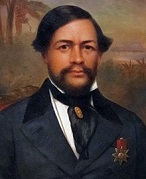





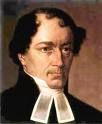









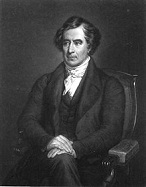

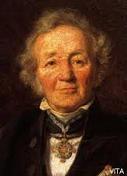


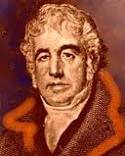

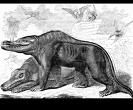
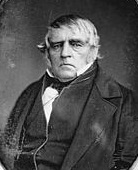

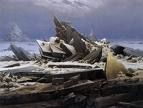
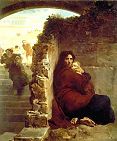
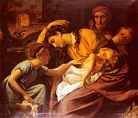
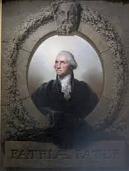
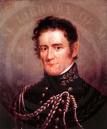
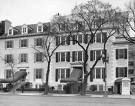
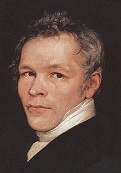
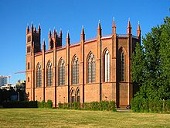
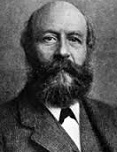
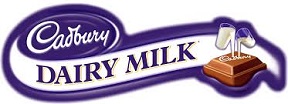
1824 In Jan. the U.S. Army establishes the frontier outpost of Ft. Brooke at the mouth of the Hillsborough River on Tampa Bay in W Fla., which on Jan. 18, 1849 after Fla. becomes U.S. state #27 in 1845 becomes the village of Tampa, Fla. (modern-day pop. 336K/3M), reincorporated as a town on Dec. 15, 1855. On Mar. 2 the U.S. (Marshall) Supreme Court rules 6-0 in Gibbons v. Ogden that the federal govt. alone regulates interstate commerce and that this extends to navigation after Robert Fulton and his financial backer Robert R. Livingston (1746-1813), cousin of recently-deceased U.S. Supreme Court justice Henry Brockholst Livingston receive a monopoly to operate commercial steamboats from the state of New York, conflicting with Thomas Gibbons' federal license under the U.S. Coasting Act, and the court rules that the Congressional power to regulate commerce, "like all others vested in Congress, is complete in itself, may be exercised to its utmost extent, and acknowledges no limitations other than are prescribed in the constitution"; states eventually discover they have a concurrent jurisdiction over commerce, but only so long as they do not come in conflict with the big bad feds. On Mar. 17 the Dutch cede Malacca and other possessions on the Malay Peninsula to Britain in return for Bengkulen in Sumatra and Rangoon; meanwhile the British obtain recognition of "paramount interest" in Siam (Thailand) from Rama II (b. 1767) just before he croaks on July 21, and after the younger Mongkut is passed over by the nobles, he is succeeded by his son Rama III (Nangklao) (Jessadabodindra) (1788-1851) as Chakri king #3 of Siam (until 1851), going on to have 51 children - just try messing with Yul Brynner? On Apr. 12 the British Parliament passes an act establishing free trade between England and Ireland in all manufactured goods, devastating the southern Ireland home-based textile industry, which can't compete with mechanization. On Apr. 29-30 under the pretext that a Masonic conspiracy exists to assassinate the king, Dom Miguel de Braganca (Bragança) (1802-66), youngest son of Joao VI stages the Abrilada Coup in Portugal, causing daddy to take refuge aboard British man-of-war Windsor Castle and proclaim his son a traitor; Dom Miguel is forced to yield and leave Portugal, and Joao VI is reinstated in power, restoring the liberal constitution. In Apr. French ultra-royalist PM Jean-Baptiste, Comte de Ville introduces the Anti-Sacrilege Act into the Chambre Retrouvee, but it fails; after the accession of Charles X in Sept. he reintroduces it, and after long passionate debate it is passed in 1825 by 210-95, making sacrilege a capital offense, with lesser offenses given life forced labor; too good, it is never used, and is revoked after the 1830 July Rev. - sacre bleu? In Apr. Hawaiian Queen Ka'ahumanu publicly converts to Protestant Christianity and encourages her subjects to do ditto, presenting them with their first codified body of laws based on Christian ethics esp. the Ten Commandments, and getting baptized next Dec. 5 under tha name Elizabeth, going on to order Roman Catholic missionaries to leave Hawaii on July 7, 1827, and signing a law in 1830 forbidding Roman Catholic teachings with deportation as the punishment; meanwhile on July 14, 1824 king (since May 20, 1819) Kamehameha II (b. 1797) dies of measles on a trip to England, and his baptized Christian younger brother Kamehameha III (Kauikeaouli) ("placed in the dark clouds") (1813-54) becomes king of Hawaii on June 6, 1825 (until Dec. 15, 1854) under the regency of Queen Ka'ahumanu followed by Ka'ahumanu II, going on to becoming the longest reigning Hawaiian monarch (29 years, 192 days), attempting to modernize and Westernize Hawaii while retaining national identity. On June 16 after an animal cruelty society is founded in Ulster, Ireland in 1836, the Royal Society for the Prevention of Cruelty to Animals (RSPCA) is founded in London, England by William Wilberforce, Richard Martin, Rev. Arthur Broome, Sir James Mackintosh, Basil Montagu et al., becoming the oldest and largest animal welfare org. on Earth; in 1824 MP and brewer Foxwell Buxton becomes chmn. On June 18 Ferdinand III (b. 1769) dies, and his Florence-born son Leopold II (1797-1870) becomes the last grand duke of Tuscany (until July 21, 1859) - with dreams of the Medicis dancing in his head? In the summer hucksters Lozier and DeVoe perpetruate a hoax on hundreds of workmen and others, hiring them to saw off Manhattan Island from the mainland and turn it around to keep its southern end from sinking; they make their run for it on the day the work is set to begin. On Aug. 4 the U.S. negotiates a treaty with the Iowa tribe, legally stealing yet more of their birthright land with forked tongues. On Aug. 6 the Battle of Junin is a V for Simon Bolivar over the Spanish. On Aug. 24 old fart Am. Rev. War hero Gilbert du Motier, Marquis de Lafayette (1757-1834) arrives in New York City as a "guest of the nation" to begin a year of being feted; New Yorkers become embarrassed when they realize they have no fine restaurants to toast him in, only oyster bars and taverns; on Sept. 2 he visits Concord, Mass., where a speech made by Samuel Hoar that Concord is the spot where "the first forcible resistance" to British arms was made starts an eternal spitting war with nearby Lexington; since he's a friend of Nelly Custis Lewis, Laffy stays at Woodlawn Plantation in Mount Vernon, Va., and spends a week with Thomas Jefferson in Monticello, Va., after which the wine cellar has to be restocked; after the U.S. Congress votes him $200K to match his donation to the struggling colonies in 1778, along with the 36 sq. mi. Lafayette Land Grant in Leon County, Fla. the town of Tallahassee, Fla. (modern-day pop. 190K/380K) is founded as the capital of Fla. Territory, smack dab in the heart of the Fla. Cotton Belt in the Fla. Panhandle, center of the Fla. slave trade. On Sept. 15 Guatemala proclaims independence from Spain of all of Central America; in Dec. Costa Rica becomes a repub. with a new constitution, the Pacto de Concordia, and Spain is down to Puerto Rico and Cuba in the New World - need to lose weight too, it's really hard? Is the French Louis Line finally kaput? On Sept. 16 French king (since July 8, 1815) Louis XVIII (b. 1755) dies, and is succeeded by his brother the Count d'Artois under the title of Charles X (1757-1836) (until Aug. 2, 1830), who goes on to try to restore absolute govt., giving 1B francs next year to compensate the nobles for their grievances dating back to 1789 - fat-filled takeout will now replace home-cooked meals? On Oct. 4 the repub. of the United Mexican States is proclaimed, with a constitution based on the 1814 Acta Constitucional of Jose Miguel Ramos Arizpe (Arispe) (1775-1843), "Father of Mexican Federalism"; on Oct. 10 epileptic Gen. Jose Miguel Ramon Adaucto Fernandez y Felix renames himself Guadalupe Victoria (1786-1843), and becomes pres. #1 (until Apr. 1, 1829), going on to abolish slavery and establish the Colegio Militar (Military Academy), and establish diplomatic relations with all major powers; Mexico passes a colonization act granting hundreds of huge "rancho" estates to Mexican settlers in Calif., where the rancheros develop a luxurious lifestyle on the backs of Indian slave labor - time for Zorro? Dome-top becomes the head of the nation, Or, don't break my clay heart again? A-Calhoun or B-Calhoun? On Oct. 26-Dec. 2 after the Federalist party is in disarray, and the Dem.-Repubs. confine the U.S. pres. contest to themselves, the leading contenders being Andrew Jackson of Tenn., treasury secy. William H. Crawford of Ga. (backed by Martin Van Buren's efficient machine, the Albany Registry), John C. Calhoun of S.C., Henry Clay of Ky., and J.Q. Adams of Mass., and Jackson captures the state Repub. convention in Penn., causing Calhoun to withdraw from the race, content to seek the vice-presidency, and being welcomed by both the Jackson and Adams camps, a personal and regional 1824 pres. election is held; the electoral votes are counted, and John C. Calhoun of South Kehrulaynuh receives two-thirds of the votes cast for vice-pres., but nobody receives a majority of the electoral votes for pres. (Jackson 99, Adams 84, Crawford 41, Clay 37), and the election is thrown into the House of Reps. for the 2nd time (first 1801); Clay throws his support to Adams, saying, "I cannot believe that killing 2,500 Englishmen at New Orleans qualifies for the various, difficult and complicated duties of the Chief Magistracy"; on Feb. 9 J.Q. Adams wins with 13 states to 7 for Jackson and 4 for Crawford, becoming the first time a pres. is elected who loses both the popular and electoral votes (1876, 1888, 2000); Jackson first runs for office at a time that the U.S. has only one nat. party, but leaves office in a U.S. with a thriving 2-party system. In Oct. the Hardscrabble Riot in Providence, R.I. see whites get off easy for tearing down houses of blacks. On Dec. 9 the Battle of Ayacucho sees Simon Bolivar and his Creoles kick aristocratic Spanish butt and secure Peru's independence from Spain; Simon Bolivar is proclaimed emperor ("supreme dictator") of Peru (until 1827). The First Anglo-Burmese War begins (ends 1826). After the Turks seize the island of Ipsara from the Greeks but are defeated at Mitylene, Turkish sultan Mahmud (Mohammed) II asks for aid from Egyptian pasha Mehmet Ali against the pesky Greeks, and he agrees in return for the promise of Crete and other Turkish possessions; the Egyptians capture Crete then invade Morea (Peloponnesus), capturing it by 1826; the siege of Missolonghi (begun 1821) is ended, with the loss of Lord Byron (1788-1824) on Apr. 19 of fever. Imam Turki Ibn Abdullah captures Riyadh and founds the Second Saudi State (Emirate of Nejd) (until 1891). The U.S. signs a Frontier Treaty with Russia, preparatory to another treaty to be signed with Britain next year, whereby Britain accepts the line of 54 deg. 40 min. (54-40) as the S boundary of its Pacific coast claims, and gives the jointly-occupied (U.S. and Britain) Oregon Country clearly defined boundaries. Quebec-born John (Jean-Baptiste) McLoughlin (1784-1857) becomes dir. of the Hudson's Bay Co. in Oregon (until 1846), going on to help many settlers and become known as "the Father of Oregon". Sir William Edward Parry makes a 3rd expedition to Baffin Bay to find a N sea passage to North Am. German emigration to Brazil begins - the original Boys from Brazil? Britain repeals the Combination Acts of 1799-1800 making labor strikes illegal, along with the Elizabethan Statute of Apprentices making it a crime for a worker to leave work unfinished (and thus to strike); joyous laborers overreact and stage numerous strikes accompanied by violence, which causes a legislative reaction next year. The Bureau of Indian Affairs (BIA) is created within the U.S. War Dept. To deal with large numbers of unemployed soldiers from the Napoleonic Wars, the British Vagrancy Act of 1824 makes it illegal to sleep on the streets or beg, and also for any suspected criminal to loiter in a public place, giving police the power to stop, search, and arrest anybody they like based on suspicion alone, which becomes known as the Sus Law - the original Stop and Frisk? The city of Brisbane is founded in Australia on the Brisbane River 15 mi. inland from Moreland Bay as a penal colony for the worst cases from Sidney, and named after New South Wales Gov. (and astronomer) Sir Thomas Makdougall Brisbane (1773-1860) (modern pop. 1M). The city of Detroit, Mich. is reincorporated (first time 1815). The town of Urbana, Ill. 70 mi. E of Springfield is founded near the town of Champaign. The Franklin Inst. is founded in Philadelphia to inform the public in the fields of science and industry. The Congressional (King) Caucus for nomination of the U.S. pres. is discredited as anti-democratic and abandoned after this year's election. The Am. Sunday School Union is formed in Philadelphia, Penn. Indian princess Hazrat Babajan (1806-1931) bugs out of her arranged marriage and goes guru, beginning a series of religious pilgrimages then settling down in Pune around 1905, where she lives under a neem tree with a shelter of gunny sacks for the rest of her life. N.Y. atty. Millard Fillmore (1800-74) enters politics working for N.Y. political boss Thurlow Weed (1798-1882), holding state office for eight years. Tenn. politician James K. Polk (b. 1795) marries Sarah Childress (1803-91); they have no children, continuing the barren tradition of presidents Washington, Madison, Monroe and Jackson. Artist Francisco de Goya moves from his "deaf man's house" in Madrid to Paris and starts making lithographs. Artist J.A.D. Ingres returns to Paris from Italy, finding that his Vow of Louis XIII has made him a celeb, and he turns into the portraitist of choice for 19th cent. artistocratic European women, lengthening their arms to complement their sleeves and adding 2-3 extra vertebrae to their backs to make them look more beautiful, making him France's #1 artist by 1840 as well as the People Mag. artist of the 19th cent.? Future U.S. pres. #14 (1853-7) Franklin Pierce (1804-69), son of N.H. gov. Benjamin Pierce graduates from Bowdoin College and becomes a lawyer. Justus von Liebig (1803-73) of the U. of Erlangen discovers that no univ. in the world has a lab for students, then leaves to found his own at the U. of Giessen in Giessen, Hessen, W Germany (40 mi. NW of Frankfurt) (founded 1607), becoming the first modern teaching laboratory, specializing in organic chemistry - the first lab geeks? Canadian fur trader Peter Skene Ogden (1790-1854) begins exploring the Snake River Valley (until 1830) incl. Ore., Wash., Nev., Calif., Utah, Idaho, and Wyo., incl. the Great Salt Lake, Weber River, and Ogden River; the city of Ogden, Utah is later named for him. Ky. frontiersmen Sylvester Pattie (1782-1828) and his son James Ohio Pattie (1804-51) lead 116 men through the Am. Southwest for six years, suffering from hardships that whittle them down to 16 men by 1827, finally reaching San Diego, Calif., only to be arrested as spies by the Mexican authorities; after Sylvester dies, James is released after producing some smallpox vaccine and vaccinating the pop., then returns to the U.S. in 1830 flat broke; in 1831 he and Timothy Flint pub. The Personal Narrative of James O. Pattie of Kentucky. Charles Dickens' father goes to debtors' prison. Heinrich Heine tires of poetry, goes back to Gottingen to study law, then converts to Christianity next year to obtain a law degree, but never practices, going back to lit. pursuits. The Athenaeum Club is founded in London by architect Decimus Burton (1800-81). The Nat. Gallery is founded in Trafalgar Square, London, going on to house 2.3K+ paintings dating from 1250-1900. The U. of Manchester in England is founded. Notre Dame U. in South Bend, Ind. is founded by the French Congregation of Holy Cross; it is turned over to lay control in 1967. Le Globe, founded by Pierre Leroux (1798-1871) begins pub. on Sept. 15 in Paris (until Apr. 20, 1832), concentrating on Romantic creations, and becoming the official organ of the Saint-Simonian movement in 1830. Cadbury U.K. Ltd. confectionary co. is founded in Birmingham, England by Quaker John Cadbury (1802-89) and his brother Benjamin Cadbury (later his sons Richard and George) to sell tea, coffee, and drinking chocolate; George goes on to build the model teetotaler Bournville estate for workers; in 1854 Queen Victoria grants them a royal warant; in 1905 they introduce dairy milk chocolate, which has more milk than rival products, becoming their best selling product by 1914; in 1919 it merges with J.S. Fry & Sons, followed in 1969 by Schweppes, and in 2010 by Kraft Foods; in 1923 Cadbury Creme Eggs are introduced for Easter; it takes until 1971 to simulate a real egg with white and yolk; too bad, in 2016 Cadbury removes the word "Easter" from packaging; in 1978 Cadbury-Schweppes acquires Peter Paul for $58M; in 1988 the U.S. rights to the chocolate business are acquired by Hershey Co.; how convenient that chocolate is full of cadmium? Sports: The Denton Cricket Club is founded in England. Architecture: Blair House is built by U.S. surgeon gen. #8 (1818-36) Joseph Lovell (1788-1836); it is acquired in 1836 by newspaper publisher Francis Preston Blair, and purchased by the U.S. govt. in 1942. A new London Bridge (originally built in 1209), designed by John Rennie the Elder (1761-1821) and built by John Rennie the Younger (1794-1874) is begun (finished 1831), becoming the bridge in Charles Dickens' "Oliver Twist" where Nancy's Steps lead down to the Surrey bank of the Thames River to the W, the site where Noah Claypole overhears Nancy's conversation with Mr. Brownlow; sold to the U.S. in 1970. The Gothic revival Friedrichwerdersche Kirche in Berlin, Germany, designed by Karl Friedrich Schinkel (1781-1841) is begun (finished 1831), becoming the first Neo-Gothic church in Berlin. Inventions: Asphalt is first used to pave roads on the Champs-Elysees in Paris. Andre-Marie Ampere invents the Galvanometer. On Oct. 21 Joseph Aspdin (1778-1855) of Britain patents Portland Cement. Charles Macintosh (1766-1843) of Britain produces the first Mackintosh (coat not computer). James Neilson of England patents a way of burning coal more efficiently that allows the low-grade coal of Lanarkshire to be used. Science: In Oct. French physicist Baron Jean-Baptiste Joseph Fourier (1768-1830) pub. Remarques generales sur les Temperatures du globe terrestre et des espaces planetaires (General Remarks on the Temperature of the Terrestrial Globe and the Planetary Space) in Annales de Chimie et de Physique, in which he calculates that the Earth would be far colder if it had no atmosphere, allegedly discovering the Greenhouse Effect (talking about a glass box) and launching climate change science; "In short, if all the strata of air of which the atmosphere is formed, preserved their density with their transparency, and lost only the mobility which is peculiar to them, this mass of air, thus become solid, on being exposed to the rays of the sun, would produce an effect the same in kind with that we have just described. The heat, coming in the state of light to the solid earth, would lose all at once, and almost entirely, its power of passing through transparent solids: it would accumulate in the lower strata of the atmosphere, which would thus acquire very high temperatures. We should observe at the same time a diminution of the degree of acquired heat, as we go from the surface of the earth. The mobility of the air, which is rapidly displaced in every direction, and which rises when heated, and the radiation of non-luminous heat into the air, diminish the intensity of the effects which would take place in a transparent and solid atmosphere, but do not entirely change their character. The decrease of heat in the higher regions of the air does not cease, and the temperature can be augmented by the interposition of the atmosphere, because heat in the state of light finds less resistance in penetrating the air, than in repassing into the air when converted into non-luminous heat." Norwegian mathematician Niels Henrik Abel (1802-29) proves that the general quintic cannot be solved in radicals - sounds like a comment on Euro society? French physicist Dominique Francois Jean Arago (1786-1853) discovers magnetic pull along with the fact that most bodies can be magnetized, also discovering rotary magnetism AKA Arago's rotations. Scottish botanist David Douglas (-1834) begins a plant-hunting expedition in NW Am.; in 1827 he begins cultivation of the Douglas Fir (Pseudotsuga menziesii taxifolia), which gets named after Archibald Menzies (1754-1842), and introduces 240 new plant species to Britain. J.L. Prevost and J.B. Dumas prove that sperm is essential to fertilization - they did what to their wives? English physician Peter Mark Roget (1779-1869) presents a paper titled "Explanation of an Optical Deception in the Appearance of the Spokes of a Wheel When Seen Through Vertical Apertures" on Dec. 9, describing the persistence of vision, later exploited by motion pictures. Megalosaurus, discovered in England in 1676 becomes the first dinosaur to be scientifically named - "million dollar baby lizard" is scientific? Nonfiction: John Banim (1798-18420, Revelations of the Dead Alive (essays); pub. anon. August Bockh (ed.), Corpus Inscriptionum Graecum (1824-59). Carlo Giuseppe Guglielmo Botta (1766-1837), History of Italy, 1789-1814; based on personal testimonym, becoing his main claim to fame. He's drunk with power? Nicolas Sadi Carnot (1796-1832), Reflexions sur la Puissance Motrice du Feu (Reflections on the Motive Power of Fire and on Machines Fitted to Develop That Power); shows that the transformation of heat into motive power depends on the quantity of heat (caloric) and the temperature difference, while the efficiency of a steam engine is a function of the temperature difference between the hot and cold chambers (source and sink), the "free energy", a preliminary formulation of the Second Law of Thermodynamics; it also introduces the reversible Carnot Cycle and the Carnot heat engine; Carnot considers the Earth's atmosphere to be a giant heat engine, which ends up being ignored in the rush to frame CO2 on being the atmosphere's only heat engine? Jean-Francois Champollion (1790-1832), Summary of the Hieroglyphic System of the Ancient Egyptians. Lorenzo Dow (1777-1834), A Short Account of a Long Travel; with Beauties of Wesley. Johann Friedrich Herbart (1776-1841), Psychologie als Wissenschaft (Psychology as Science) (1824-5). Theodore Edward Hook (1788-1841), Sayings and Doings (9 vols.) (1824-8). William Martin Leake (1777-1860), Journal of a Tour in Asia Minor: With Comparative Remarks on the Ancient and Modern Geography of That Country. Wilhelm Mueller (1794-1827), Homerische Vorschule. Mary Randolph (1762-1828), The Virginia Housewife; Or, Methodical Cook; becomes one of the most influential cookbooks of the cent., with the last ed. pub. in the 1860s; tries to save women time and money in their kitchens, popularizing 40+ vegetables, boldly calling for "poisonous" tomatoes in her Spanish-based recipes, and introducing gazpacho; "Method is the soul of management." Leopold von Ranke (1795-1886), History of the Latin and Teutonic People from 1494-1514; pioneers the use of primary sources incl. diaries, memoirs, letters, and first-hand accounts, emphasizing narrative history and internat. politics, founding modern prof. "scientific history"; the book is a hit, getting him a 50-year career at the U. of Berlin, where he establishes a center for the training of historians, pioneering the seminar classroom teaching method; contains the soundbyte that the historian must seek the "Holy hieroglyph", i.e., God's hand in history, keeping an "eye for the universal" while taking "pleasure in the particular"; also the soundbyte: "To history has been assigned the office of judging the past, of instructing the present for the benefit of future ages. To such high offices this work does not aspire. It wants only to show what actually [essentially?] happened (wie es eigentlich gewesen)." Comte Henri de Saint-Simon (1760-1825), Plan des Travaux Scientifiques Necessaires pour Reorganizer la Societe; causes his secy. Auguste Comte to break with him over whether revolution is the enemy of progress. Col. James Withycombe, Journal of a Residence in Ispahan (1824-5). Music: If you're happy and you know it clap your hands? Ludwig van Beethoven (1770-1827), Ninth (9th) "Choral" Symphony in D minor, Op. 125 (May 7) (Vienna) (70 min.) (last symphony); forefather of Romantic music?; greatly influenced by the ideas of the French Rev. ("liberty, equality, fraternity"); the final movement Ode to Joy (Ode an die Freude) is based on Schiller's 1785/1808 poem "Ode to Freedom"; "Freude, schoner Gotterfunken" (first line); "All men will become brothers under thy gentle wing" (final chorus); the score is dedicated to Prussian King Frederick William III; deaf Beethoven tries to conduct, but they ignore him, and when the performance ends he is lost in his ms. until the alto soloist turns him toward the adoring audience; he had been trying to set Schiller's poem to music since 1790, carrying a copy around and discovering the final melody in 1822; the debut loses money because of the costs of hiring so many people, pissing Beethoven off; its 1825 London debut draws mixed reviews, with one calling it "at least twice as long as it should be"; the Curse of the 9th Symphony begins, namely that anyone who writes or is writing a 9th symphony will soon die, incl. Antonin Dvorak, Vaughan Williams, and Anton Bruckner. Vincenzo Bellini (1801-35), Adelson e Salvini (first opera) (Feb.) (Naples); a hit. Franz Schubert (1797-1828), Octet in F for Wind and Strings, D803; Quartet in A minor, D804; Quartet in D minor (Death and the Maiden), D810; Sonata in A minor for Piano and Arpeggione, D821. Art: William Blake (1757-1827), Illustrations for Dante's "Divine Comedy" (1824-7). Leon Cogniet (1794-1880), The Massacre of the Innocents; no nudity, no blood, just the look of fear? Eugene Delacroix (1798-1863), Les Massacres de Chios. John Flaxman (1755-1826), Pastoral Apollo (sculpture). Caspar David Friedrich (1774-1840), The Sea of Ice (Das Eismeer); inspired by Sir William Edward Parry's Arctic expedition of 1819-21; considered so weird nobody buys it? J.A.D. Ingres (1780-1867), Vow of Louis XIII. Joseph Navez (1787-1869), The Massacre of the Innocents. Johann Friedrich Overbeck (1789-1869), Christ's Entry into Jerusalem. Rembrandt Peale (1778-1860), Portrait of George Washington, Patriae Pater; eagle-like features in a natty military uniform; his biggest hit, causing John Marshall to request a portrait done in the same way. Poetry: Lord Byron (1788-1824), The Deformed Transformed. Thomas Campbell (1777-1844), Theodric. Von der Hagen, Denkmale des Mittelalters; trans. of a Greek epic poem from the 12th cent. recently discovered, containing the Arthurian cycle of Britain, how King Arthur defeated the Angles of the North and the Saxons of the West in twelve battles. Jan Kollar (1793-1852), Daughter of Slava; 645 patriotic Slovak sonnets. Percy Bysshe Shelley (1792-1822), Julian and Maddalo (posth.); poetic conversation with his friend Lord Byron. Novels: Lydia Maria Child (1802-80), Hobomok: A Tale of Early Times, by an American. Susan Edmonstoune Ferrier (1782-1854), The Inheritance. John Galt (1779-1839), Rothelan: A Romance of the English Histories (3 vols.); The Bachelor's Wife. E.T.A. Hoffmann (1776-1822), The Devil's Elixir(s). Walter Savage Landor (1775-1864), Imaginary Conversations (1824-37); big hit with critics, big bust with the public and with his enemies, who sue him for libel. Mary Russell Mitford (1787-1855), Our Village (1824-32). Thomas Moore (1779-1852), Memoirs of Captain Rock. James Morier, Haji Baba (2 vols.) (1824, 1828). Sir Walter Scott (1771-1832), Redgauntlet: A Tale of the Eighteenth Century (3 vols.); original title "Herries"; a Jacobite rising in July-Aug. 1765. Heinrich Daniel Zschokke (1771-1848), Bilder aus der Schweiz (5 vols.) (1824-5). Births: Am. Mich. chief justice (1864-85) Thomas McIntyre Cooley (d. 1898) on Jan. 6 in Attica, N.Y.; chmn. #1 of the Interstate Commerce Commission; father of Charles Horton Cooley (1864-1929). Am. brewer Johann Gottlieb Heileman (d. 1878) on Jan. 6 in Kirchheim unter Teck, Wurttemberg, Germany. English "The Moonstone", "The Woman in White" novelist-playwright William Wilkie Collins (d. 1889) on Jan. 8 in London; eldest son of painter William Collins (1788-1847); godson of David Wilkie (1785-1841). Russian art-music-lit. critic #1 Vladimir Vasilievich Stasov (d. 1906) on Jan. 14 in St. Petersburg; son of Vasily Stasov (1769-1848); brother of Dmitry Stasov (1828-1918). French courtesan Marie Duplessis (Alphonsine Rose Plessis) (d. 1847) on Jan. 15 in Nonant-le-Pin, Normandy; at age 12 her father becomes her pimp, after which se becomes the babe of Alexandre Dumas fils in 1844-5, who immortalizes her in "La Dame aux Camelias" (1848) as Marguerite Gautier; she later hooks up with Franz Liszt before dying of TB. Am. Civil War Confederate gen. Thomas Jonathan "Old Jack" "Stonewall" "Old Blue Light" "Tom Fool" Jackson (d. 1863) on Jan. 21 in Clarksburg, W. Va.; graduates from West Point in 1846 (#17 of 59). Dutch painter (Jewish) Jozef Israels (d. 1911) on Jan. 27 in Groningen. English astronomer Sir William Huggins (d. 1910) on Feb. 7. Am. Civil War Confed. brig. gen. Barnard Elliott Bee Jr. (d. 1861) on Feb. 8 in Charleston, S.C.; son of Barnard Elliot Bee Sr. (1787-1853); brother of Hamilton Prioleau Bee (1822-97). English Plimsoll Line politician and social reformer Samuel Plimsoll (d. 1898) on Feb. 10 in Bristol. Hindu religious scholar (founder of the Arya Samaj) Swami Dayananda Saraswati (d. 1883) on Feb. 12 in Tankara, Gujarat. Am. Dem. politician gen. ("the Superb") Winfield Scott Hancock (d. 1886) on Feb. 14 in Montgomeryville, Penn.; one of identical twins; named after Gen. Winfield Scott. Pierre Jules Cesar (César) Janssen (d. 1907) on Feb. 22 in Paris. Am. writer-orator (abolitionist) George William Curtis (d. 1892) on Feb. 24 in Providence, R.I.; of old New England stock. French acrobat-funambulist Charles Blondin (Jean Francois Gravelet) (d. 1897) on Feb. 28 in Saint-Omer; starts out at age 6 as "The Little Wonder". Czech #1 "Bartered Bride" composer (deaf) Bedrich Smetana (d. 1884) on Mar. 2 in Litomysl; studied piano under Josef Proksch; goes deaf in 1874. Am. Central Pacific Railroad pres. and Repub. Calif. gov. #8 (1862-3) Amasa Leland Stanford (d. 1893) on Mar. 9 in Watervliet, N.Y.; starts out as a lawyer, loses his library in a fire in 1852, and heads for the Calif. Gold Rush, starting a gen. store; founder of Stanford U. French engineer-inventor Ferdinand Philippe Edouard Carre (Carré) (d. 1900) on Mar. 21 in Moislains, Somme. German physicist Gustav Robert Kirchhoff (d. 1887) on Mar. 12 in Konigsberg; discoverer of Kirchhoff's Laws of Electric Circuits. Am. chemist Charles (Karl) Pfizer (d. 1906) on Mar. 22 in Ludwigsburg, Germany; cousin of Charles F. Erhart (1821-91); emigrates to the U.S. in 184? German "Kraft und Stoff" philosopher-physician-physiologist (scientific materialist) Friedrich Karl Christian Ludwig Buchner (Büchner) (d. 1899) on Mar. 29 in Darmstadt, Hesse; brother of George Buchner (1813-37); educated at the U. of Giessen, U. of Strasbourg, U. of Wurzburg, and U. of Vienna. Am. painter William Morris Hunt (d. 1879) on Mar. 31 in Brattleboro, Vt. Richard Morris Hunt (1827-95) and Leavitt Hunt. Am. adventurer William Walker (d. 1860) on May 8 in Nashville, Tenn. French "The Snake Charmer", "Greek Cockfight", "Police Verso" Academicist painter-sculptor Jean-Leon Gerome (Jean-Léon Gérôme) (d. 1904) on May 11 in Vesoul, Haute-Saone; pupil of Paul Delaroche; sticks to sculpture after 1878. Mexican outlaw ("the Rio Grande Robin Hood") ("the Red Robber of the Rio Grande") Juan Nepomuceno Cortina Goseacochea (d. 1894) on May 16 in Camargo, Tamaulipas. U.S. Repub. vice-pres. #22 (1889-93) Levi Parsons Morton (d. 1920) on May 16 in Shoreham, Vt.; Congregationalist minister father; brother of David Oliver Morton (1815-59); founder of Levi P. Morton & Co. banking house in 1863. Am. Civil War Confed. gen. Edmund Kirby Smith (d. 1893) on May 16 in St. Augustine, Fla. Am. sideburn-wearing Civil War Union gen. Ambrose Everett Burnside (d. 1881) on May 23 in Liberty, Ind. Am. "Immortal Wife" explorer-writer Jessie Ann Benton Fremont (d. 1902) on May 31 in Rockbridge County, Va.; daughter of U.S. Mo. Sen. Thomas Hart Benton; wife (1841-) of John C. Fremont (1813-90). Am. "The Rose of Tyrol", "The Two Cadis", "The Doctor of Alcantara" composer-violinist (founder of the Boston Conservatory) Julius Eichberg (d. 1893) on June 13 in Dusseldorf, Germany; educated at the Brussels Conservatory; emigrates to the U.S. in 1857. Am. statesman and Civil War Confed. Gen. John Tyler Morgan (d. 1907) on June 20 in Athens, Tenn.; grand dragon of the KKK. Enlish Victorian Gothic Revival architect George Edmund Street (d. 1881) on June 20 in Woodford, Essex. Irish physicist-mathematician William Thomson, 1st Baron Kelvin (d. 1907) (AKA P.Q.R.) on June 26 in Belfast; educated at Peterhouse, Cambridge U.; his title is named after Kelvin River in Glasgow, Scotland; brother of James Thomson (1822-92). French Broca's Area neurologist-surgeon-anthropologist Pierre Paul Broca (d. 1880) on June 28 in Sainte-Foy-la-Grande, Bordeaux. U.S. Supreme Court justice #46 (1881-9) Thomas Stanley Matthews (d. 1889) on July 21 in Cincinnati, hio; educated at Kenyon College. Am. "History of the Catholic Church in the United States" historian (Roman Catholic) John Dawson Gilmary Shea (d. 1892) on July 22 in New York City; Irish immigratna parents; educated at Columbia U., and St. John's College (Fordham U.); member of the Society of Jesus in 1847-52, after which he adds his middle name Gilmary ("servant of Mary"). French "The Lady of the Camellias" novelist-playwright Alexandre Dumas fils (d. 1895) on July 27 in Paris; illegitimate son of Alexandre Dumas pere (1802-70) and Marie Laure Catherine Labay (1794-1868). Am. "Old Kentucky Home", "Boyhood of Abraham Lincoln" genre painter (co-founder of the Metropolitan Museum of Art) Jonathan Eastman Johnson (d. 1906) on July 29 in Lovell, Maine. U.S. Supreme Court justice #45 (1881-7) and Civil War Union gen. William Burnham Woods (d. 1887) on Aug. 3 in Newark, Ohio; brother of Charles Robert Woods (1827-85); educated at Yale U. Am. cattle baron John Simpson Chisum (d. 1884) on Aug. 15 in Hardeman County, Tenn.; of Scottish, English, and Welsh descent. Am. "Aradia, or The Gospel of the Witches" writer Charles Godfrey Leland (d. 1903) on Aug. 15 in Philadelphia, Penn; educated at the College of N.J. (Princeton U.); expert on English gypsies and Italian witches. French Siemens-Martins open-hearth steelmaking process co-inventor Pierre Emile Martin (d. 1915) on Aug. 18 in Bourges. Austrian Viennese Romantic composer Anton Bruckner (d. 1896) on Sept. 4 in Ansfelden. English poet-anthologist-critic Francis Turner Palgrave (d. 1897) on Sept. 28 in Great Yarmouth; eldest son of Sir Francis Palgrave (1788-1861); educated at Baliol College, Oxford U. Am. celeb (Roman Catholic) Ellen Ewing Sherman (nee Eleanor Boyle Ewing) (d. 1888) on Oct. 24 in Lancaster, Ohio; daughter of Thomas Ewing Sr. (1789-1871); sister of Hugh Boyle Ewing (1826-1905), Thomas Ewing Jr. (1829-96), and Charles Ewing (1835-93); wife (1850-) of Gen. William Tecumseh Sherman, whom she calls "Cump", and marries after he is raised by her parents after his daddy dies in 1829. Am. Civil War Union brig. gen. Rufus Saxon (d. 1908) on Oct. 19 in Greenfield, Mass. German chemist Hieronymus Theodor Richter (d. 1898) on Nov. 21 in Dresden; collaborator of Ferdinand Reich (1799-1882). U.S. abolitionist rep. (R-Ohio) (1859-69) (co-author of the 13th Amendment) James Mitchell Ashley (d. 1896) on Nov. 24 in Allegheny County, Penn.; great-grandfather of Thomas William Ludlow Ashley (1923-2010). Am. Civil War Union gen. Franz Sigel (d. 1902) on Nov. 18 in Sinsheim, Baden, Germany; emigrates to the U.S. in 1852. Am. beer magnate Frederick Edward John Miller (d. 1888) on Nov. 24 in Riedlingen, Wurttemberg, Germany; emigrates to the U.S. in 1854. French Academicist mural painter (co-founder of the Societe Nationale des Beaux-Arts) Pierre Cecile Puvis de Chavannes (d. 1898) on Dec. 14 in Lyons; student of Eugene Delacroix and Thomas Couture. Am. politician-entrepreneur (Herdic Cab inventor) Peter Herdic (d. 1888) on Dec. 14 in Fort Plain,, N.Y. Korean Donghak movement founder Choe Je-u (Che-u) (Korean "save and proclaim") 9d. 1924) on Dec. 18 in Kajong-ni (near Gyeongju), Silla (modern-day Gyeongsang Province). English "The Acquittal" painter (Jewish) Abraham Solomon (d. 1862) in Bishopsgate, London. Spanish Romantic painter Eugenio Lucas y Padilla (d. 1870) in Alcala de Henares. Am. Lakota Sioux chief Big Foot (Si Tanka) (Spotted Elk) (d. 1890); son of chief Lone Horn (1790-1875). Am. jurist Thomas McIntyre Cooley (d. 1898) in Attica, N.Y.; chmn. of the Interstate Commerce Commission (1887-91). Zionism founder Rabbi Samuel Mohilever (d. 1898). Am. 6'2" 260 lb. mountain man John "Liver-Eater" "Liver-Eating" Johnson (Garrison) (d. 1900) in Hunterdon County, N.J. British Gen. Sir Samuel J. Browne (d. 1901); invents the Sam Browne belt, a diagonal strap across the right shoulder for carrying a weapon. Scottish novelist-poet George Macdonald (MacDonald) (d. 1905). French astronomer (co-discoverer of helium) French balloonist Wilfrid de Fonvielle (d. 1914) in Paris. French engineer Pierre Emile Martin (d. 1915); co-inventor with Sir William Siemens (1823-83) of the regenerative furnace. Deaths: A whole bunch of good die young this year? Irish-born Am. Rev. War leader Charles Thompson (b. 1729) on Aug. 16. German writer Joachim Nettelbeck (b. 1738) on Jan. 29. Am. inventor David Bushnell (b. 1740) (b. 1826?). English political reformer John Cartwright (b. 1740). Dutch novelist Rhijnvis Feith (b. 1753) on Feb. 8 in Zwolle. French statesman Jean Jacques Regis de Cambaceres, duke of Parma (b. 1753) on Mar. 8 in Paris. French moralist Joseph Joubert (b. 1754) on May 4 in Villeneuve-sur-Yonne: "Kindness consists in loving people more than they deserve." French king (1814-24) Louis XVIII (b. 1755) on Sept. 16 in Paris. Spanish gen. Vicente Canas y Portocarrero (b. 1755) on Mar. 12. English surgeon-paleontologist James Parkinson (b. 1755) on Dec. 21 in Shoreditch; namesake of the spectacular Parkinsonia (Barbados flower fence) of North Am. English hostess-heiress Jane Stanhope, Countess of Harrington (b. 1755) on Feb. 3 in St. James's Palace; buried in Westminster Abbey. Italian violinist-composer Giovanni Battista Viotti (b. 1755) on Mar. 3 in London. Am. Dem.-Repub. politician-diplomat Charles Pinckney (b. 1757) on Oct. 29 in Charleston, S.C. Sardinian king (1802-21) Victor Emmanuel I (b. 1759) on Jan. 10 in Moncalieri, Piedmont. Spanish gen. Martin Garcia-Loygorri (b. 1759) on Jan. 30 in Madrid. German classical scholar Friedrich August Wolf (b. 1759) on Aug. 8 in Marseille, France. German statesman-diplomat Count Johann Philipp von Stadion (b. 1763) on May 15 in Baden (near Vienna). Irish-born British brig.-gen. Sir Charles MacCarthy (b. 1764) on Jan. 21 in Ghana (KIA). English lexicographer John Lempriere (b. 1765) on Feb. 1 in London. Thai king (1809-74) Rama II (b. 1767) on July 21. French painter Anne-Louis Girodet de Roussy-Trioson (b. 1767) on Dec. 8/9. Am. privateer capt. Gamaliel Bradford (b. 1768) on Mar. 7 in Cambridge, Mass. Austrian Tuscan grand duke Ferdinand III (b. 1769) on June 18 in Florence, Italy. U.S. atty-gen. #8 (1807-11) Caesar Augustus Rodney (b. 1772) on June 10 in Buenos Aires, Argentina. German mystic nun Anne Catholic Emmerich (b. 1774) on Feb. 9 in in Dulmen; beatified by Pope John Paul II on Oct. 3, 2004. French gen. Eugene Rose de Beauharnais (b. 1781) on Feb. 21. Irish novelist-playwright Charles Robert Maturin (b. 1782) on Oct. 30 in Dublin. Spanish emperor (1822-3) Augustin de Iturbide (b. 1783) on July 19 in Padilla, Tamaulipas. English Romantic poet George Gordon, Lord Byron (b. 1788) on Apr. 19 in Missolonghi, Greece; dies from a fever after being bled to death by his doctors, whom he calls "a damned bunch of butchers"; he never died in any battle leading Greek soldiers against the Ottomans; in 1830 Thomas Moore and John Murray burn his memoirs and other unpub. writings to deify him; his heart is buried, and in 1881 a statue is erected over it; "Mad, bad and dangerous to know." (Lady Caroline Lamb) Scottish physician-explorer Walter Oudney (b. 1790) on Jan. 12 in Murmur (near Katagum), Nigeria. French Romantic painter Theodore Gericault (b. 1791) on Jan. 26 in Paris (TB and fall from a horse). Hawaiian king #2 (1819-24) Kamehameha II (b. 1797) on July 14 in London, England (measles); his royal consort Kamamalu dies on July 8.
















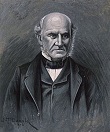
















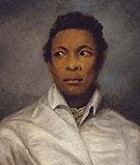








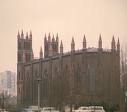


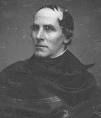
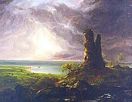




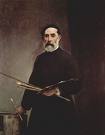
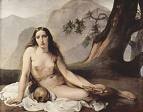

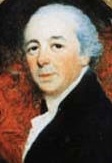

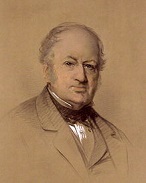
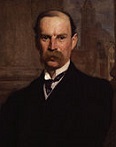
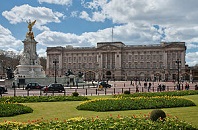


1825 This year and next 60+English banks fail. Between this year and 1938 2.33M Scots emigrate from Scotland to America et al. In winter 1824/5 Va.-born mountain man James "Jim" Bridger (1804-81) becomes the first white to explore the Great Salt Lake (which he believes to be an arm of the Pacific Ocean due to its saltiness), then visits Yellowstone; when he returns, his description of geysers and other wonders are scoffed at as "Jim Bridger's lies". On Jan. 4 mean Ferdinand I dies, and is succeeded by his son Francis (Francesco) I (1777-1830) as despot king of the Two Sicilies (until 1830). Did you ever go fishing at Indian Springs? Where's that? Six inches from the squaw's ass? On Jan. 8 after greedy Ga. Dem. gov. #32 (1823-7) George Michael Troup (1780-1856) uses his half-breed cousin Chief William "White Warrior" McIntosh (1775-1825) to swindle a group of Lower Creek chieftains, they sign the Second Treaty of Indian Springs with the U.S. govt., giving up 4.7M acres of Creek land in Ga. E of the Chattahoochee River for $200K paid over 14 years; at first new pres. J.Q. Adams accepts it, until he hears that McIntosh (who as paid $200K) was assassinated on May 31 by the Upper Creek chiefs for violating their law banning land cessions, and war secy. James Barbour talks him into abrogating the treaty and summoning the chiefs to Washington, D.C. to negotiate a fairer one.
The White House gets a new dome? On Mar. 4 (Fri.) brainy but politically inept dome-topped (pres. with highest IQ?) John Quincy Adams (1767-1848), AKA "Old Man Eloquent" (a char. from John Milton), "King John II", "Publicola" becomes the 6th U.S. pres. (until Mar. 4, 1829) in the 10th U.S. Pres. Inauguration in Washington, D.C., during which all prior U.S. presidents except #1 George Washington are still alive; he and his daddy #2 John Adams (1797-1801) are the first two 1-term presidents; John Caldwell Calhoun (1782-1850) becomes the 7th U.S. vice-pres. (until Dec. 28, 1832); J.Q. Adams takes his pres. oath on a book of laws instead of a Bible; Monroe leaves the White House in debt, returning to Ole Virginny (hoping to die on the Fourth of July?); Adams' wife (since 1797) Louisa Catherine Johnson Adams (1775-1852) is the First Lady, becoming the first who was born abroad (London) (until Melania Trump in 2017); Floride Bonneau Calhoun (1792-1866) is the Second Lady, going on to engage in the Petticoat Affair, a social war against Margaret O'Neill Eaton, wife of war secy. John Eaton for her low moral standards; speaking of double standards, J.Q. Adams enjoys morning skinny-dipping in the Potomac River, and once has his clothes stolen; he has the first toilet installed in the White House, causing the device to be called the Quincy; the first U.S. pres. to write a treatise against Islam (until ?), and the first to pub. poetry (2nd is Carter); when Adams appoints Clay as secy. of state, Jackson accuses them both of a "corrupt bargain" (Adams buying Clay's support to become pres.); the Repub. Party begins to split into the pro-states-rights Democratic-Republican Party (later Democratic Party) and pro-federal-govt. Whig Party (favoring supremacy of Congress over the executive branch, plus modernization and economic protectionism); up-and-coming Dem.-Repub. James K. Polk is elected to the U.S. House of Reps. from Tenn. (until Mar. 3, 1839), where he is opposed to pres. J.Q. Adams, who appoints former Va. gov. (1812-4) James Barbour (1775-1842) as U.S. war secy. #11 (until May 23, 1828). In Feb. after leading the military forces of S Peru to victory and independence from the Spanish, Simon Bolivar is elected pres., and on Aug. 6 S Peru declares independence and takes the name of guess-what, Bolivia; the Peruvian Flag is a white vertical stripe surrounded by two vertical red stripes, allegedly inspired by a flock of flamingos taking wing, but also symbolizing blood shed for independence and peace and/or red from the flag of Chile and white from the flag of Argentina. On Mar. 4-5 Marquis de Lafayette visits a town in N.C. on the Cape Fear River that was founded in 1783 and named in his honor as Fayetteville, N.C. (modern-day pop. 200K/377K), becoming the first U.S. town named for him, later becoming the home of U.S. Army Fort Bragg and receiving the All-American City Award from the Nat. Civic League 3x. On May 8 Thomas Jefferson writes a Letter to Henry Lee, in which he pens the soundbyte: "When forced, therefore, to resort to arms for redress, an appeal to the tribunal of the world was deemed proper for our justification. This was the object of the Declaration of Independence. Not to find out new principles, or new arguments... but to place before mankind the common sense of the subject, in terms so plain and firm as to command their assent, and to justify ourselves in the independent stand we are compelled to take." On May 26 the Am. Unitarian Assoc. is founded; in 1961 it merges with the Universalist Church of Am. to form the Unitarian Universalist Assoc. On June 17 the cornerstone for a new 221-ft. (67m) (294 steps) Bunker Hill Monument on Breed's Hill in Charlestown, Mass. is laid by Marquis de Lafayette, with Daniel Webster giving an oration, and the Freemasons conducting the services; a special Granite Railway to haul the granite from Quincy is completed next Oct. 7, becoming the first commercial common railroad in the U.S.; it takes until 1843 to complete because of lack of funds. On July 4 Pres. J.Q. Adams marches from the U.S. Capitol to the White House in Washington, D.C. in a parade featuring a wheel-mounted stage representing the 24 U.S. states. On Aug. 25 rebels in Uruguay, led by Juan Antonio Lavalleja y de la Torre (1784-1853) declare independence from Brazil, and gain the help of Argentina (ends 1830). On Sept. 7 the Marquis de Lafayette bids farewell to Pres. Adams at the White House in Washington, D.C. On Sept. 27 the Stockton and Darlington Railway in NE England, invented by George Stephenson (1781-1848) begins operation, becoming the world's first steam-powered railroad carrying public cargo; it begins carrying fare-carrying passengers in 1833. On Oct. 13 Bavarian king (since 1805) Maximilian I (b. 1756) dies, and his son Ludwig (Louis) I (1786-1868) becomes king of Bavaria (until Mar. 20, 1848). On Oct. 17 the Congress of Mexico proclaims the Port of Galveston, Tex., and builds a customs house in 1830. On Oct. 26 the $7M 363-mi. Erie Canal (begun 1817) between Buffalo on Lake Erie and Albany on the Hudson River opens, improving transport of Midwestern goods to the Atlantic through New York City, esp. salt from Syracuse, N.Y., giving it the name "the canal that salt built"; "A great channel of communication, executed in eight years" (Lafayette's secy.); travel time between the east coast and the Ohio and Mississippi Valleys is cut by 66%, and the cost is cut by 90%, causing New York City to become the #1 Atlantic seaboard port; the Midwestern dairy industry begins its rise as Euro demand increases; the 3-masted sailing ship Sarah Sheafe begins service between New York City and Liverpool (until 1840). On Dec. 1 religion-crazed tsar (since 1801) Alexander I (b. 1777) dies of mushroom poisoning (fakes his own death on Nov. 19 to become a monk named Kuzmich?), and his brother (3rd son of Paul I) Nicholas I (1796-1855) is crowned Russian Romanov tsar #15 (until Mar. 2, 1855); on Dec. 26 the Decembrist Uprising in Russia, led by military officers infected with Western liberal ideas calling for the end of autocracy and a new constitution is squelched by Nicholas I, with the leaders hanged or sent to snowy Siberia to show the drift of his new admin.; meanwhile Russian hero adm. Dmitri Nikolayevich Senyavin (1763-1831), who was forced to retire in 1809 and was planned on being used by the Decembrists until they were crushed, is called out of retirement by the new tsar to command the Baltic Fleet against the Turks - Tsar Nicholas, second time's the charm? Portugal recognizes the independence of Brazil. The Battle of Al-Simqaniya in Lebanon is a V for Bashir II, who defeats and kills Bashir Jumblatt, ending the Druze rebellion of 1821. The state of Coahuila-Texas (Coahuila y Tejas) on the E coast of Mexico passes a colonization law offering large tracts of rich cotton land to empresarios who promise to sponsor immigrants; by 1830 it has 20K white settlers and 1K black slaves. After violent worker reaction tempers their enthusiasm, Britain enacts legislation softening protection of labor unions, but giving them more freedom than before 1824. The British govt. reduces its duty on spirits, causing gin consumption to rise from 4,132,263 gal. this year to 9,311,624 gal. next year, with a corresponding increase in crime and pauperism; gin goes for 3.5 pence/pint, vs 5 pence for 2 pints of beer, causing beer brewers to ally with temperance groups, touting beer as a temperance drink, a source of nourishment and calories for the working man, safer than water, etc.; meanwhile in 1822 Lord Brougham disses tea drinking as leading "not to the cultivation of one single acre of English land", while beer is "a good, sound, wholesome constitutional beverage of the country." Buenos Aires signs a treaty with Britain to suppress the slave trade, and starts a war with Brazil to liberate the Banda Oriental. Haiti agrees to pay France a 150M franc indemnity in order to secure its recognition as an independent republic; later reduced to 60M francs, the loan going through a single French bank that charges high interest and transaction fees, taking until 1965 to pay off; too bad, the heavy taxes required to pay them turns the pop. against Pres. Jean Pierre Boyer's govt. The British Unlawful Societies Act is passed to outlaw the Irish Catholic Assoc., and the Catholic Emancipation Bill is rejected by the House of Lords, pissing them off more? The U.S. House Committee on Territories is established (until 1946) to decide how best to assimilate the pesky Five Civilized Tribes into the Union by distributing common property to individials; in 1871 it decides that "no Indian nation of tribe within the territory of the United States shall be acknowledged or recognized as an independent nation", dispensing with the need for formal treaties. A flood cuts off the N part of Jutland, creating the Limfjord and North Jutlandic Island. Rufus King becomes U.S. minister to England again (until 1826) (first time 1796-1803). The govt. of law-and-order Spain introduces tariffs, and in 1831 establishes the Bolsa de Madrid stock exchange in Madrid. The Prairie du Chien Peace Treaty draws the line between the Chippewa and Sioux, letting the white man begin grabbing land from both sides. Egyptian gen. Ibrahim Pasha (1789-1848), son of Mehmet Ali commands an Egyptian expedition to the Peloponnese (ends 1828), which commits atrocities against the Greek pop., causing him to be the most hated man in Europe; Missolonghi, Greece is sieged again (until 1826). Joel Roberts Poinsett (1779-1851) of S.C., a botanist is appointed as the first U.S. minister to Mexico (until 1830), going on to discover the Cuetlaxochitl, er, Poinsettia (Euphorbia pulcherrima) and send samples to the U.S., where by 1836 it is called by his name. The duchy of Saxe-Gotha-Altenburg (founded 1672) is split up, with Gotha going to the duke of Saxe-Coburg-Saalfeld and Altenburg to the duke of Saxe-Hildburghausen, who gives up Hildburghausen to the duke of Saxe-Meiningen; it all ends in 1920 with the new state of Thuringia. The city of New Harmony (modern-day pop. 800) is founded on 30K acres in Indiana purchased by reformer Robert Owen and his son Robert Dale Owen (1801-77), but a misselection of personnel leaves several occupations underrepresented and the colony soon folds (1828). Abeokuta ("under the rocks") in SW Nigeria is founded as a refuge from slave traders, becoming the capital of the independent (until 1914) state of Egba, consisting mainly of Yoruba people. The city of Akron, Ohio in Summit County (modrn-day pop. 199K) is founded, named after the Greek word for summit since it's the highest city on the Ohio & Erie Canal; after Goodrich Corp. (1869), Goodyear Tire and Rubber Co. (1898), Firestone Tire and Rubber Co. (1900), and Gen. Tire (1915) locate there, it becomes known as the Rubber Capital of the World. The city of Doha (Arab. "big tree"), Qatar on the coast of the Persian Gulf (modern-day pop. 1.3M) is founded. The city of Ypsilanti, Mich. (modern-day pop. 21K) near Ann Arbor is founded on Apr. 21 by settlers in honor of Greek hero Demetrios Ypsilanti. British explorer Sir John Franklin (1786-1847) leaves on his 2nd expedition in the Canadian Arctic region, leaving Hudson Bay and reaching Great Slave Lake, then traveling 1K mi. down the Mackenzie River, becoming the 2nd Euro to reach its mouth on Aug. 16 before returning and wintering in Ft. Franklin on Great Bear Lake; meanwhile William Edward Parry sails W from the Atlantic Ocean in an attempt at a rendezvous, ending up frozen in place 900 mi. E, and Frederick William Beechley sails NE from the Bering Strait, reaching Point Barrow; next summer Franklin goes back downriver and finds the ocean frozen, giving up on Aug. 16, 1826 at Return Reef 150 mi. E of Beechey's Point Barrow, and returning to Ft. Franklin on Sept. 21. William Henry Furness (1802-96) of Boston becomes pastor of the First Unitarian Church in Philadelphia (until 1875), which becomes a hot spot for abolitionists. Warren, Conn.-born 6'2" blue-eyed abolitionist anti-Mason Charles Grandison Finney (1792-1875), ordained a Presbyterian minister in 1824 begins a 7-year series of "repent-and-be-saved" revivals in Oneida County, N.Y., pioneering citywide campaigns and gaining nat. fame as "America's foremost revivalist", converting 500K+ while preaching against slavery and advocating equal education for blacks and women. Tea roses from China are introduced to Europe. The Hungarian Academy of Sciences is founded in Budapest by Count Istvan Szechenyi (István Széchenyi) (1791-1860). Queens College of N.J. changes its name to Rutgers, leaving N.J. as the only state in modern times not to have a state univ. named after itself. Sandalwood trees become extinct in Hawaii. Horse-drawn buses begin operation in London. Inverness, Scotland-born physician James "Jim" C. Crow (1789-1856) migrates to Ky. and hooks up with whiskey distiller Oscar Pepper (-1869) in Frankfort, producing Old Crow bourbon, which uses sanitary methods and sour mash fermentation to produce a consistent product, becoming the favorite of Andrew Jackson, Henry Clay, Daniel Webster et al. English-born Am. landscape painter Thomas Cole (1801-48) moves to N.Y. and begins painting scenes from the de-Indianized Hudson Valley, hooking up with John Trumbull (1756-1843) (painter of the DOI signing scene on the U.S. $2 bill) and founding the Hudson River School, later hooking up with Am. engraver Asher Brown Durand (1796-1886). Viennese waltz composing partners Johann Strauss I (1804-49) and Josef Lanner (1801-43) get into a quarrel at the Black Ram (Zum Schwarzen Bock) in Vienna and part ways, becoming rivals, causing the pop. to split into two camps, which the Hapsburgs exploit to keep their minds off revolution?; when Lanner dies in 1843, Strauss becomes #1 in Vienna's dance scene for the next half-cent. After emigrating to England to escape discrimination, New York City-born African-Am. stage actor Ira Aldridge (1807-67) debuts at the Royal Coburg Theatre in London as Oroonoko in the Thomas Southerne adaptation of the Aphra Behn play, going on to play the title role in Shakespeare's "Othello", and tour Europe in 1852, becoming one of 33 English stage actors honored with a bronze plaque at the Shakespeare Memorial Theatre in Stratford-upon-Avon. Japanese sailors report a UFO floating in the sea. This is the last year that the Spanish manufacture Spanish dollars (pieces of eight). Jacob Hawken and Samuel Hawken of St. Louis, Mo. begin selling muzzle-loading Hawken Rifles (until 1856), which become known as the Plains Rifle, the Fur Trapper's Gun, and the Buffalo Gun. Architecture: In Feb. the Thames Tunnel beneath the Thames River between Rotherhithe and Limehouse (first tunnel built under a navigable river) is begun (finished in 1843) under French-born engineer Marc Isambard Brunel (1769-1849), making use of his tunnel shield (patented 1818), inspired by the shipworm Teredo navalis; a previous attempt in 1805 by Richard Trevithick had given up after encountering quicksand; after several flooding episodes the tunnel is sealed up in Aug. 1828 and Brunel resigns until Mar. 1832, when a govt. loan allows work to resume. The Lachine Canal in Canada is completed, giving big ships access to W Montreal. After George IV upon his accession in 1820 decided to renovate Buckingham Palace (built in 1703 and known as the Queen's House) into a small comfortable home, Lambeth, London-born English architect John Nash (1752-1835) designs the Garden Front of Buckingham Palace in London, made of pale golden Bath stone; in 1826 kingy decides to turn it into a a French neoclassical palace, with Nash as chief architect; too bad, in 1829 his extravagant designs get him removed, and after his accession in 1830 William IV hires Derby-born architect Edward Blore (1787-1879) to finish the work, almost deciding to turn it into the new Houses of Parliament after the 1834 fire; in 1850 Blore finishes the East Front, the principal facade, which is remodeled in 1913 by Sir Aston Webb (1849-1930) - ready for Queen Vicky in 1837? The Grand Entrance to Hyde Park in C London is built, designed by Bloomsbury, London-born English architect Decimus Burton (1800-81), protege of John Nash. The New Paris Bourse (stock exchange), ordered created by Napoleon is opened. Sports: A baseball club is organized in Rochester, N.Y. Inventions: Antoine Cesar Becquerel (1788-1878) of France invents the Differential Galvanometer for accurate measurement of electrical resistance. British (Cornish) inventor Sir Goldsworthy Gurney (1793-1875) invents the Oxy-Hydrogen Blowpipe, used for limelights, and the Bude Light, a very bright oil lamp pumped with oxygen, which is used to light the House of Commons for 60 years, along with Pall Mall and Trafalgar Square - so beloved of corned beef hams? Sir John Frederick William Herschel (1792-1871) (son of Sir William Herschel) invents a machine to measure the heat of solar rays. J.P. Lemiere invents the binocular telescope. English physicist William Sturgeon (1783-1850) of the East India Co. College in Addiscombe, Surrey invents the first practical Electromagnet, a horseshoe-shaped piece of iron wrapped with wire; a 7 oz. horseshoe can lift 9 lbs. with the current from a single battery. Science: Michael Faraday isolates benzene. English physician-paleontologist Gideon Algernon Mantell (1790-1852) pub. a paper describing Iguanadon (Iguana tooth) from fossils of teeth discovered in 1822 by his wife Mary Ann Mantell in Sussex, England, becoming the 2nd dinosaur to be named; English zoologist Sir Richard Owen claims he's full of it. Czech physiologist Jan Evangelista Purkinje discovers germinal vessicles. Nonfiction: Jeremy Bentham (1748-1832), Rationale of Punishment and Rewards; urges prison reform. Lord Braybook (ed.), The Diary of Samuel Pepys (1633-1703) (6 vols.); covers the years 1660-9; finally pub. by Lord Braybooke of Magdalene College (actually, about 25% of the whole) after several years of deciphering their secret code by non-Mormon Magdalene student John Smith. Jean Anthelme Brillat-Savarin (1755-1826), The Physiology of Taste; Or, Transcendental Gastronomy (Physiologie du Goutt, ou Méditations de Gastronomie Transcendante; ouvrage théorique, historique et à l'ordre du jour, dédié aux Gastronomes parisiens, par un Professeur, membre de plusieurs sociétés littéraires et savantes) (Dec.); compendium on the art of dining, folding-in the philosophy of Epicurus and dissing carbohydrates incl. sugar and white flour in favor of protein-rich ingredients, making him a star and founding the science of gastronomy; tells about his visit to the U.S., where he witnessed a turkey shoot in 1797; "Tell me what you eat and I will tell you what you are"; "A dessert without cheese is like a beautiful woman with only one eye"; "The discovery of a new dish confers more happiness on humanity than the discovery of a new star"; "Those persons who suffer from indigestion, or who become drunk, are utterly ignorant of the true principles of eating and drinking." James Busby (1802-71), Treatise on the Culture of the Vine; visits England in 1828, followed by Spain and France, returning to Australia in 1828 with the first collection of Spanish-French wine stock, becoming known as "the Father of the Australian Wine Industry". Thomas Carlyle (1795-1881), Life of Friedrich Schiller. Dr. William P. Dewees (1768-1841), Treatise on the Physical and Medical Treatment of Children; first Am. pediatric guide; recommends that pregnant women suckle puppies to toughen their nipples; by the 7th (1838) ed. he adds that a human could be substituted - himself? Ugo Foscolo (1778-1827), Discorso Storico sul Testo del Decamerone. Erik Gustaf Geijer (1783-1847), Svea Rikes Hafder (Records of Sweden). William Hazlitt (1778-1830), The Spirit of the Age, or Contemporary Portraits. James Holman, Travels in Africa, Asia, Australasia, America, Etc.. John Ramsay McCulloch (1789-1864), Principles of Political Economy: With a Sketch of the Rise and Progress of the Science (Edinburgh); first successful serious textbook on economics; "Suppose that a cask of new wine, which cost £50, is put into a cellar, and that, at the end of twelve months, it is worth £55, the question is: Should the £5 of additional value, given to the wine, be considered as a compensation for the time the £50 worth of capital has been locked up, or should it be considered as the value of additional labour actually laid out in the wine?"; "Time cannot of itself produce effect; it merely affords space for really efficient causes to operate, and it is therefore clear it can have nothing to do with value." James Mill (1773-1836), Analysis of the Phenomena of the Human Mind; applies utilitarianism and the principle of associationism to you know what, founding modern psychology - - it's going to be perfect Sundays from here on in, boys? Thomas Moore (1779-1852), Life of Richard Brinsley Sheridan. Comte Henri de Saint-Simon (1760-1825), Le Nouveau Christianisme (The New Christianity); spawns the Saint-Simonian sect of Christian communists, with artists taking the place of clergymen, which is suppressed by the authorities. Josiah Quincy III (1772-1864), Memoir of Josiah Quincy - which one, class exercise? Augustin Thierry (1795-1856), Histoire de la Conquete de l'Angleterre par les Normands; how the brutal Normans exploited the Anglo-Saxons and washed the good stuff right down the drain until they won at the end by reviving parliamentary monarchy; a big hit, but he works so hard he goes blind? Richard Whately (1787-1863), Essays on Some of the Peculiarities of the Christian Religion. Music: Daniel Auber (1782-1871), Le Macon (opera); his first hit. Francois-Adrien Boieldieu (1775-1834), La Dame Blanche (comic opera) (Paris); his masterpiece? Allan Cunningham (1784-1842), Songs of Scotland, Ancient and Modern (4 vols.); incl. A Wet Sheet and a Flowing Sea. Heinrich Marschner (1795-1861), Der Holzdieb (opera). Franz Schubert (1797-1828), Songs from Sir Walter Scott. Ludwig Spohr, Die Letzten Dinge (The Last Judgment) (1825-6) (oratorio). Art: John Constable (1776-1837), Leaping Horse. Eugene Deveria (1805-65), Lady and Cavalier. Francesco Hayez (1791-1882), The Penitent Mary Magdalene. Samuel Morse, Portrait of Lafayette. The Plantation, by unknown Am. primitive artist (New York Metropolitan Museum of Art). Plays: Casimir Delavigne (1793-1843), Ecole des Vieillards (comedy); his biggest hit; gets him elected to the Academie Francaise in 1825. Firmin Didot (1764-1836), La Reine de Portugal. Alexandre Dumas pere (1803-70), La Chasse et l'Amour (first play?). Franz Grillparzer (1791-1872), Konig Ottokars Gluck und Ende (tragedy); Ottokar II of Bohemia v. Rudolph I of Germany; the censors hold it up until Feb. 19, 1825. Adam Mickiewicz (1798-1855), The Forefathers (drama). James Kirke Paulding (1778-1860), Konigsmark, the Long Finne (2 vols.). Alexander Pushkin (1799-1837), Boris Godunov (verse tragedy); basis of the Musorgski opera. Poetry: Visconde de Almeida-Garrett (1799-1854), Camoes; his longing for home. Jules Amedee Barbey d'Aurevilly (1808-89), Ode aux Héros des Thermopyles (debut). Wilhelm Mueller (1794-1827), Neugriechische Volkslieder. Jose Joaquin Olmedo (1780-1847), La Victoria de Junin; ode to Simon Bolivar. Esaias Tegner, Frithjofs Saga. Mihaly Vorosmarty (1800-55), The Flight of Zalan; epic about the Battle of Alpar, in which Hungarian king Arpad defeated Bulgarian ruler Zalan and his giant gen. Viddin. Novels: Michael Banim (1796-1874) and John Banim (1798-1842), Tales of the O'Hara Family (6 vols.) (1825-6); the lot of poverty-stricken Irish peasants. Lydia Maria Child (1802-80), The Rebels. Gustav Theodor Fechner (1801-87), Comparative Anatomy of Angels; a satire under the alias "Dr. Mises". John Galt (1779-1839), The Omen. Xavier de Maistre (1763-1852), Prisoners of the Caucasus; The Young Siberian; Expedition Nocturne de Ma Chambre (Night Voyage Around My Room); sequal to his 1794 novel. Alessandro Manzoni (1785-1873), I Promessi Sposi (The Betrothed) (1825-7); two humble lovers struggling against oppression in Milan during Spanish rule in the 17th cent., with clear implications about contemporary Austrian domination of Italy; his masterpiece? William Hamilton Maxwell (1792-1850), O'Hara (first novel); pioneers the school of rollicking military fiction, although it's a flop? Jean Paul (1763-1825), The Truth from Jean Paul's Life (posth.). James Kirke Paulding (1778-1860), John Bull in America, or the New Munchausen. Alexander Pushkin (1799-1837), Eugene Onegin; (1825-32) (verse novel) (takes eight years to write?); English trans. 1881; Maria Raevskaya, daughter of Russian gen. Nikolai Raevsky inspires him. Sir Walter Scott (1771-1832), The Talisman; his last Romantic historical novel (first 1814); Saladin in disguise cures Richard I Lionheart with a you know what. Heinrich Daniel Zschokke (1771-1848), Bilder aus der Schweiz (5 vols.) (1825-6). Births: Am. "Masque of the Gods" poet-journalist-translator (gay?) Bayard Taylor (James) (d. 1878) on Jan. 11 in Kennett Square, Chester County, Penn. English chemist (inventor of the valence concept) Sir Edward Franklin (d. 1899) on Jan. 18 in Churchtown (near Lancaster). English canoeist-atty. John "Rob Roy" MacGregor (d. 1892) on Jan. 24 in Gravesend; educated at Trinity College, Cambridge U. Am. Hebrew scholar William Henry Green (d. 1900) on Jan. 27 in Groveville (near Bordentown), N.J.; 6th gen. descendant of Princeton U. pres. #1 Jonathan Dickinson; educated at Lafayette College, and Princeton U. Egyptian PM #1 (1878-9, 1884-8, 1894-5) Nubar Pasha (Nubar Nubarian) (d. 1899) in Jan. in Izmir; son of an Armenian merchant; father of Boghos Nubar Pasha (1851-1930). French dirigible pioneer Baptiste Jules Henri Jacques Giffard (d. 1882) on Feb. 8 in Paris. Hungarian Romantic novelist-dramatist-statesman Maurus (Mor) Jokai (d. 1904) on Feb. 19 in Rev-Komarom. German Romantic painter Bernhard Plockhorst (d. 1907) on Mar. 2 in Braunschweig; teacher of Otto Plitz (1846-1910); specializes in lovely Romantic depictions of Jesus Christ. German cytologist (proponent of the protoplasm theory) Max Johann Sigismund Schultze (d. 1874) on Mar. 25 in Freiburg, Breisgau (Baden). Am. Populist Party Colo. gov. #8 (1893-5) David Hanson Waite (d. 1901) on Apr. 9 in Jamestown, N.Y. German Socialist leader (Jewish) Ferdinand Lassalle (d. 1864) on Apr. 11 in Breslau, Silesia. Canadian poet, journalist and pro-confederation political leader ("Father of Confederation") Thomas D'Arcy McGee (d. 1868) on Apr. 13 in Carlingford, County Louth ("the wee county"), Ireland; emigrates to Quebec in 1842. Swiss Balmer Series mathematical physicist Johann Jakob Balmer (d. 1898) on May 1 in Lausen; educated at the U. of Karlsruhe, and the U. of Berlin. Am. Tonalist landscape painter George Inness (d. 1894) on May 1 near Newburgh, N.Y.; pupil of Regus Gignoux. English biologist (coiner of the term "agnostic") ("Darwin's Bulldog") (popularizer of Darwinian evolution) Thomas Henry) "T.H." Huxley (OE "Hugh's meadow") (d. 1895) on May 4 in Ealing, Middlesex; educated in medicine at Charing Cross Hospital, London. English photographer (Freemason) Augustus Le Plongeon (d. 1908) on May 4 in Jersey. Am. minister (first ordained female mainstream Protestant minister in the U.S.) Antoinette Brown Blackwell (d. 1921) ono May 20 in Henrietta, N.Y. Am. Civil War Confed. gen. John Hunt Morgan (d. 1864) on June 1 in Huntsville, Ala. English historian and Anglican cleric (bishop of Oxford in 1889-1901) William Stubbs (d. 1901) on June 21 in Knaresborough, Yorkshire; educated at Christ Church, Oxford U. German Erlenmeyer Rule chemist (inventor of the Erlenmeyer flask) Richard August Carl Emil Erlenmeyer (d. 1909) on June 28 in Taunusstein; educated at the U. of Giessen, and U. of Heidelberg. Australian physician-geographer-botanist Baron Sir Ferdinand Jacob Heinrich von Mueller (d. 1896) on June 30 in Rostock, Germany; educated at Kiel U.; emigrates to Australia in 1847; namer of the macadamia nut. Am. "The White Rose of Memphis" soldier-novelist William Clark "Old Kunnel" Falkner (d. 1889) on July 6 in Knox County, Tenn.; great-grandfather of William Faulkner (1897-1962). French-German archeologist (Jewish) Jules (Julius) Oppert (d. 1905) on July 9 in Hamburg, Germany; educated at the U. of Kiel; becomes a French citizen in 1854. Am. King Ranch founder Richard King (d. 1885) on July 10 in New York City; Irish immigrant parents; starts out as a riverboat captain on the Cotton Road. Am. architect Adolf Cluss (d. 1905) on July 14 in Heilbronn, Wurttemberg, Germany; friend of Karl Marx; emigrates to the U.S. in 1848. U.S. Rep. (D-Ohio) (1857-65) and Sen. (D-Ohio) (1879-85) "Gentleman" George Hunt Pendleton (d. 1889) on July 19 in Cincinnati, Ohio; educated at Cincinnati College, and the U. of Heidelberg; husband of Alice Key, daughter of Francis Scott Key. Am. "Pickett's Charge" Confed. Gen. George Edward Pickett (d. 1875) on July 30 in Richmond, Va. German Lambert-Beer Law mathematician-physicist-chemist (Jewish) August Beer (d. 1863) on July 31 in Trier; educated at the U. of Bonn. Am. Oakland, Calif. mayor #1 (1854-5) Horace Walpole Carpentier (d. 1918) on July ? in Galway, N.Y.; educated at Columbia U. U.S. Civil War Union gen. Odon Guitar (d. 1908) on Aug. 31 in Madison County, Ky. British MP (first Asian) (1892-5) ("Grand Old Man of India") (Parsi) Dadabhai Naoroji (d. 1917) on Sept. 4 in Navsari, Gujarat. Am. Miss. politician and U.S. Supreme Court justice #49 (1888-93) Lucius Quintus Cincinnatus Lamar II (d. 1893) on Sept. 17 in Eatonton, Ga.; cousin of Joseph Rucker Lamar (1857-1916); nephew of Mirabeau Buonaparte Lamar (1798-1859); educated at Emory College. Am. "Iola Leroy" novelist (black) Frances Ellen Watkins Harper (d. 1911) on Sept. 24. South African pres. (1883-1900) Gen. Paul (Stephanus Johannes Paulus) Kruger (d. 1904) (AKA Oom Paul) (Uncle Paul) on Oct. 10 in Bulhoek (near Cradock), Cape Colony; goes with his family on the 1835-40 Great Trek, where they are among the founders of the Transvaal state. Swiss "The Feet in the Fire" historical poet-novelist Conrad Ferdinand Meyer (d. 1898) on Oct. 11. U.S. Civil War Confed. Col. John A. Poindexter (d. 1869) on Oct. 12 in Montgomery County, Ky. English fashion designer ("Father of Haute Couture") Charles Frederick Worth (d. 1895) on Oct. 13 in Bourne, Lincolnshire. Am. brewer Theodore Hamm (d. 1903) on Oct. 14 in Baden, Germany; emigrates to St. Paul, Minn. in 1854. Austrian "Viennese Waltz King" Johann Strauss II (d. 1899) on Oct. 25 in Vienna; son of Johann Strauss I (1804-49); brother of Josef Strauss (1827-70) and Eduard Strauss (1835-1916). French marine-beach painter Louis Eugene Boudin (d. 1898) on Nov. 6 in Honfleur, Calvados Dept.; pupil of Louis-Hippolyte Lebas. French Paris Opera, Palais Garnier, Opera de Monte-Carlo architect Jean-Louis Charles Garnier (d. 1898) on Nov. 6 in Paris. Am. Confed. Lt. Gen. Ambrose Powell "A.P." Hill Jr. (d. 1865) on Nov. 9 in Culpeper, Va. English "The Dead Heart" dramatist-novelist-illustrator Watts Phillips (d. 1874) (AKA the Ragged Philosopher) on Nov. 16 in Hoxon, East End, London; student of George Cruikshank (1792-1878). French neurologist ("Father of Modern Neurology") ("the Napoleon of Neuroses") Jean-Martin Charcot (d. 1893) on Nov. 29 in Paris. French "The Birth of Venus" academic painter William-Adolphe Bouguereau (d. 1905) on Nov. 30 in La Rochelle; student of Francois-Edouard Picot. Am. businessman-philanthropist (Presbyterian) (founder of Silliman U.) Horace Brinsmade Silliman (d. 1910) on Dec. 3 in Albany, N.Y.; educated at Union College (Phi Beta Kappa). Am. Civil War Confed. Maj. Gen. Henry "Harry" Heth (d. 1899) on Dec. 16 in Black Heath, Va.; grandson of Am. Rev. War Col. Henry Heth; cousin of George Pickett. Am. Methodist minister and dentist (pasteurized grape juice inventor) Thomas Branwell Welch (d. 1903) on Dec. 31 in Glastonbury, England; emigrates to the u.S. in 1934. Am. dancer (black) (inventor of tap dancing?) Master Juba (William Henry Lane) (d. 1853) in R.I.; born free. Am. Southern Arapaho chief Niwot (Left Hand) (d. 1864). Belgian horticulturist Ambroise Verschaffelt (d. 1886). English "Lorna Doone" poet-novelist Richard Doddridge Blackmore (d. 1900) in Longworth, Berkshire; educated at Oxford U. Am. "Hanging Judge" ("Law West of the Pecos") Phantly Roy Bean (d. 1903) in Mason County, Ky.; uses only the 1879 ed. of the Revised Statutes of Tex.; only sentences men to hang; one of them escapes. Deaths: English poet Mary Darwall (Whateley) (b. 1739). English socialist writer Charles Hall (b. 1740). Swiss-English painter Henry Fuseli (b. 1741) on Apr. 16. Scottish antiquarian-writer George Chalmers (b. 1742) on May 31. English poet Anna Laetitia Aikin Barbauld (b. 1743). Austrian bishop Sigismund Ernst Hohenwart (b. 1745). Am. XYZ Affair statesman Charles C. Pinckney (b. 1746) on Aug. 16 in Charleston, S.C. South African explorer Petrus Johannes Tuter (b. 1747) on Jan. 31 in Swellendam, Overberg. French painter Jacques-Louis David (b. 1748) on Dec. 29 in Paris; dies after being hit by a carriage after leaving the theater. English statesman-poet-dramatist Frederick Howard, 5th earl of Carlisle (b. 1748) on Sept. 4. Am. merchant-politician William Gray (b. 1750) on Nov. 4 in Boston, Mass. Italian-Viennese opera composer Antonio Salieri (b. 1750) on May 7 in an asylum in Vienna - ranting about Amadeus being the voice of God? English architect Thomas Harwick Jr. (b. 1752). Am. gen.-politician William Hull (b. 1753) on Nov. 29 in Newton, Mass. English astronomer Edward Pigott (b. 1753) on June 27 in Bath. English bowdlerizing editor Thomas Bowdler (b. 1754) on Feb. 24 in Swansea, Wales - the scissors finally rest? French-born Am. (Washington, D.C.) architect Pierre L'Enfant (b. 1754). French naturalist Bernard Germain de Lacepede (b. 1756) on Oct. 6 in Epinay-sur-Seine. Bavarian king (1801-25) Maximilian I Joseph (b. 1756) on Oct. 13 in Munich. English natural philosopher John Gough (b. 1757) on July 28 in Kendal, Westmorland. U.S. gen. James Wilkinson (b. 1757) on Dec. 28 in Mexico City, Mexico; "Wilkinson is the only man I ever saw who is from the bark to the very core a villain." (John Randolph) Am. moose hockey historian Parson Mason Locke Weems (b. 1759) on May 23 in Beaufort, S.C.; dies while on a trip from his home in Bel Air, Prince William County, Va. French socialism founder Claude Henri, Comte de Saint-Simon (b. 1760) on May 19. German theologian Martin Boos (b. 1762) on Aug. 29 in Sayn (near Neuwied). German writer Jean Paul (b. 1763) on Nov. 14 in Bayreuth (dropsy): "Spring makes everything young again except man." Am. postmaster gen. Return Jonathan Meigs Jr. (b. 1764) on Mar. 29 in Marietta, Ohio. Am. Youngstown, Ohio founder John Young (b. 1764) in Whitestown, N.Y. U.S. vice-pres. #6 (1817-25) Daniel D. Tompkins (b. 1774) on June 11 in Tompkinsville, Staten Island, N.Y. Russian tsar (1801-25) Alexander I (b. 1777) on Dec. 1 in Taganrog (mushroom poisoning). U.S. Navy Capt. Thomas Macdonough Jr. (b. 1783) on Nov. 10 near Gibraltar; dies aboard merchant brig USS Edwin. Spanish royalist gen. Joaquin Ibanez, baron de Eroles (b. 1784) on Aug. 22 in Daimiel, Castile La Mancha.

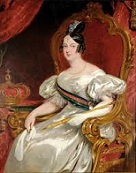




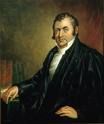






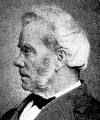



























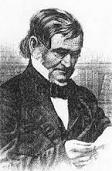
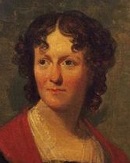
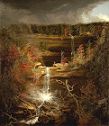

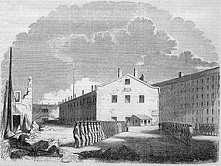
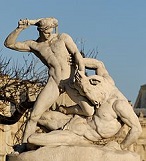
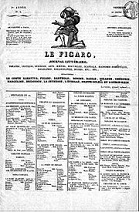
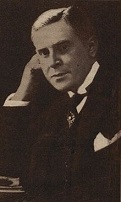
1826 Go eco-sheik with the widest selection, parking is free? The 2nd Cholera Pandemic of the 19th Cent. (ends 1851) begins in the Ganges River Delta in India, spreading to China in 1828, the S Ural Mts. in 1829, and Europe by 1832, killing 100K in France (20K in Paris) and 6,536 in London, then reaching Quebec, Canada and New York City, followed by the Pacific coast of North Am. in 1834. Don't ask William Clinton, but England imports 26K lbs. of cigars this year, growing to 250K lbs. by 1830. On Jan. 15 Le Figaro satirical weekly newspaper is founded in Paris, France, named after the 1778 Pierre Beaumarchais play, with the motto "Without the freedom to criticize, there is no true praise"; on Nov. 16, 1866 it becomes a daily newspaper, with a circ. of 56K copies, highest in France, and a royalist ed. line; in 1922 it is purchased by Corsican-born French perfume magnate Francois Coty (Joseph Marie Francois Spoturno) (1874-1934) (relative of Napoleon Bonaparte); by WWII it becomes France's #1 newspaper, going on to become the conservative voice of the upper middle class and one of two French newspapers of record after Le Monde, reaching a modern-day circ. of 313K. On Jan. 24 the Treaty of Washington, worked out by pres. J.Q. Adams and war secy. James Barbour is signed by the Creeks, led by Chief Opothleyahola (1798-1863), voiding the unfair Treaty of Indian Springs, and giving the Creeks a down payment of $217,600 plus a yearly annuity of $20K, and providing for an orderly resettlement paid for by the U.S. govt; too bad, Ga. gov. George Troup rejects it, and Adams and Barbour call out federal troops, but Troup stands tough and calls out the Ga. state militia, causing Adams to whimp out and back down, giving Troup a blank check to steal the Creeks blind, and they are gone from Ga. by next year, with the few stragglers forced to assimilate into white society - despite sucking up to Great White Father, the Creeks are up the creek? On Feb. 8 the United Provinces of the Rio de la Plata (founded 1810) becomes the Repub. of Argentina, with capital at Buenos Aires (separated from its province), and Bernardino Rivadavia as pres. (until June 27, 1827), causing ranchers to revolt against his unitarian policies under a federalist banner. On Feb. 13 the Am. Temperance Society (Am. Society for the Promotion of Temperance) is founded in Boston, Mass. by Rev. Lyman Beecher (1775-1863) (father of Harriet Beecher Stowe) et al. to outlaw the sale and manufacture of all alcoholic beverages; within five years it has 170K members in 2.2K local chapters; in 1836 it merges with the Am. Society for the Promotion of Temperance (formed in Boston, Mass. in 1826) to form the Am. Temperance Union, which introduces a pledge of "teetotalism" (total abstinence); too bad, anti-slavery reforms and the 1837 Panic weaken the abstinence movement until 1840, when the Washingtonian Movement in Baltimore, Md. begins holding religious-style revival meetings, and spreads across the U.S., leading to the formation of the Sons of Temperance in 1841, which uses fraternal org. techniques, reaching 238K members in 1850; by the late 1830s temperance reformers drop moral persuasion for legal coercion, lobbying for state prohibition laws, leading to prohibition in Maine in 1851, followed by several states, which are repealed or declared unconstitutional by 1857; in 1869 the Prohibition Party is formed in Chicago, Ill., going on to nominate U.S. pres. candidates; in 1874 the Women's Christian Temperance Union is formed in Cleveland, Ohio; in 1895 the Anti-Saloon League is formed by evangelical Protestant men to work for a U.S. constitutional amendment, finally getting it passed in 1919. On Feb. 26 after the British win the First Anglo-Burmese War (begun 1823), the Treaty of Yandabo is signed, extending the growing British Indian empire E of Bengal, lusting oh-so-whitely for wealth and booty and an escape from grimy stinking London; by the end of the cent. over 10M acres of teak forest are stripped; by now Britain controls nearly the whole of India except Sind and the Punjab in the NW (wait till 1843). On Mar. 3 ground is broken for the utopian Nashoba Community in Tenn., founded by Scottish-born activist Frances "Fanny" Wright (1795-1852), which reeducates slaves for freedom before colonizing them in Haiti; she also helps launch a women's movement - originally, the Haitian boat people went the other way? On Mar. 10 king (1816-22) Joao VI (b. 1767) dies, and is succeeded by his son Dom Pedro of Brazil as Pedro (Peter) IV Alcantara (the Liberator) (1798-1834), who promulgates a moderately liberal constitution, with a parliament and guaranteed free primary education, then abdicates the Portuguese throne on May 2 in favor of his young daughter Maria II da Gloria (1819-53), with his brother (her uncle) Dom Miguel de Braganca (Miguel I) (1802-66) as regent, who marries her by proxy, anticipating her coming of age - I'm putting on a white tie and a top hat, and polishing my cane? The Ottomans are in a miserably long tailspin? On Apr. 10 after the Third Siege of Missolonghi (begun Apr. 15, 1825), Ottoman troops capture Missolonghi, Greece; Ottoman sultan (since 1808) Mahmud II (b. 1785) has his bodyguard the Janissaries massacred, and the institution (founded 1330) abolished; Russian Tsar Nicholas I issues an ultimatum forcing the Ottomans to recognize the independence of Moldavia, Wallachia, and Serbia, and declares war on Persia. On Apr. 22 the French vessel Astrolabe (converted horse barge, captained by Jules Sebastien Cesar Dumont d'Urville (1790-1842) sets out to find traces of lost explorer Count de la Perouse (d. 1788), exploring the S Australian coast, New Zealand, New Guinea, New Caledonia, and other W Pacific islands, finding evidence of him on Vanikoro Island, and returning to Marseille on Mar. 25, 1829. On May 9 after being nominated on Apr. 11, Berkeley County, Va.-born Ky.-raised Robert Trimble (1776-1828) of Ky. becomes U.S. Supreme Court justice #20 (until Aug. 25, 1828) to replace Thomas Todd (1807-26) of Ky., leaving the court at eight members, becoming Pres. J.Q. Adams' only appointment, on the advice of secy. of state Henry Clay; he goes on to write the majority opinion in Ogden v. Saunders, in which John Marshall writes the dissenting opinion. Hotter than a firecracker on the Fourth of July of the 50th anniv. of the signing of the Declaration of Independence? On July 4 Thomas Jefferson (b. 1743) (age 83) dies of chronic diarrhea at 12:50 in the afternoon in Monticello (last words: "This is the fourth?"), followed by his reconciled enemy John Adams (b. 1735) (age 90) at 4:30 p.m. at Quincy, Mass.; Adams rises healthy but takes sick about 1 p.m., and dies as fireworks are going off?; Jefferson's last letter to Adams is dated Mar. 25, and Adams' reply is dated Apr. 17; Adams' last words are "Jefferson survives - independence forever"; the quadruple coincidence (two U.S. presidents dying on July 4, exactly 50 years after the DOI) profoundly affects Americans ("visible and palpable marks of Divine favor" - J.Q. Adams), convincing them that the U.S. is ordained by God, and that its "birthday" is almost on a par with Jesus' on Dec. 25, spawning competition to Millennium Feverists and their doomsday redictions? - ultimately leading to the America-so-what Jehovah's Witnesses? On July 5 after becoming the first pres. of the Royal Zoological (Noah's Ark) Society of London, Singapore's founder Sir Thomas Stamford Bingley Raffles (1781-1826) dies near London. On July 9 after expelling the last Spanish troops from its territory, Chile elects Manuel Jose Blanco y Calvo Encalada (1790-1876) (son of a Spanish father and Chilean mother) (a Freemason) as pres. #1 of a new repub., which works 9-to-5-what-a-way-to-make-a-living to kiss up to the elitist agrarian social structure; on Sept. 9 he is succeeded by Augustin Manuel de Eyzaguirre (1768-1837) (until Jan. 25, 1827). On Aug. 7 after hearing that the Ashanti are preparing to attack Accra, causing them to send a defensive force, a 11K-man British army is attacked 10 mi. N of Accra by the Ashanti, who are winning until the British fire Congreve rockets, spooking them and causing them to flee, leaving thousands of casualties. On Sept. 11 disgruntled Va.-born Mason William Morgan (b. 1774) of Batavia, N.Y. is "given a ride" from debtor's prison by a party or parties unknown, and mysteriously disappears just before the pub. of Morgan's Illustrations (pub. by Col. David C. Miller), a book exposing the delicious secrets of Masonry, causing the Anti-Masonic Party (ends 1840) (3rd major U.S. party and first U.S. organized third party) to be formed in New York City in 1828 by N.Y. political boss Thurlow Weed (1797-1882), with its supporters accusing everybody but their mothers of complicity in the murder coverup, and spreading their movement throughout the U.S.; meanwhile others claim that there was no murder, that it was a publicity stunt to make the book a bestseller (which it became), and/or that it was really aimed at Andrew Jackson, a Freemason, and/or that the Anti-Masonic Party is itself a Masonic front; in 1882 a monument to Morgan is erected in Batavia; in 1946 Am. historian Fawn McKay Brodie (1915-81) claims that Joseph Smith created the name Mormon from Morgan and Monroe. In Sept. Simon Bolivar drafts a new 1826 Bolivian Constitution, vesting supreme authority in a life pres., which is adopted by a congress on Nov. 26 in Chuquisaca (Sucre); on Dec. 29 his close friend Gen. Antonio Jose de Sucre becomes pres. #1 (until Apr. 18, 1828), after which Simon Bolivar leaves Peru, hoping to maintain the political unity of his Repub. of Colombia, composed of Venezuela, New Granada, Ecuador, and Bolivia; too bad, separatist movements are beginning to gather steam. On Oct. 9 the Mass. Railroad becomes the first operational railroad in the U.S., carrying granite for the construction of Bunker Hill Monument; investors incl. Daniel Webster, and North Am. Review co-founder William Tudor, brother of Boston Ice King Frederic Tudor. El Salvador breaks diplomatic relations with Guatemala, starting a civil war (ends 1829); Guatemala invades El Salvador; Mariano Prado becomes pres. of El Salvador again (until Jan. 30, 1829). Prussia and Mecklenburg-Schwerin sign a commercial treaty which lays the foundation for the Zollverein (Customs Union). The first Anglo-Burmese War ends with the Contract (Treaty) of Yandabo (Yandabu); Britain gains the old fiefdom of Arakan and the S province of Tenasserim. Dost Mohammed (Muhammad) (1793-1863) becomes amir (emir) of Kabul (until 1839), ending the rule of the Sadozay clan of the Durranis and beginning the rule of his Barakzay clan; his goal is to reunify the country, confiscating land a nd increasing tax collection in order to finance a reformed Euro-style army. Pomare II Whetoi (1775-1850) becomes chief of the Uri Karaka Hapu of the Ngapuhi in New Zealand, becoming a thorn in the side of the Christian missionaries but finally accepting them in his last year. A Pan-Am. Congress meets in Panama. The Twigs Fire results when tax records are shifted from notched willow twigs to paper, and the burning of the old archive to get rid of it spreads to the English Houses of Parliament. An act of the U.S. Congress causes a short-lived mania of planting silkworm mulberry. Britain signs a treaty with Siam under which the sultanates of Perak and Selangar are recognized as independent, and Siamese control of Kedah is acknowledged; Perak cedes Pangkor Island and the Sembilan Islands for use as anti-pirate bases; Britain forms the Straits Settlements, a colony in the Malay Peninsula incl. Malacca (Melaka) and the islands of Penang and Singapore. A royal decree in the Philippines gives control of most parishes to Spanish friars, and demotes Indio and mestizo priests to curate rank. Albert Gallatin becomes U.S. minister to great Britain (until 1827). British Whig MP Sir John Cam Hobhouse (1786-1869) (friend of Lord Byron) coins the term "His Majesty's Loyal Opposition" for the minority party in Parliament in a speech in the House of Commons - very British of him? The British and Foreign Bible Society decides to never again print or circulate copies of the Bible containing the Apocrypha. Boston, Mass.-born businessman Frederic Tudor (1783-1864) founds the Tudor Ice Co. to harvest ice from New England ponds (incl. Walden Pond in Cambridge) and ship it to the Caribbean, Europe, and India (until 1892), causing him to become known as "the Boston Ice King". Boston, Mass.-born anarchistic philosopher Josiah Warren (1799-1874), leaves New Harmony, Ind. to found his Time Store in Cincinatti, Ohio, which sells goods at cost plus 7%, charges customers per hour for salesman time, and uses labor notes for money; having proved its feasibility, he later sets up his own communities in Ohio and Long Island (Modern Times); he goes on to rise to the stature of French anarchist Pierre Joseph Proudhon among philosophical anarchists. James Madison succeeds Thomas Jefferson as rector of the U. of Va. Auguste Comte (1798-1857) gives his first series of lectures expounding his hot new philosophy of Positivism, which claims that authentic knowledge is based on actual sensory experience, and attracts Baron Alexander von Humboldt, mathematician Louis Poinsot et al.; after giving three lectures he goes insane and is put in an asylum for over a year, then goes back to lecturing in 1828, eventually getting John Stuart Mill to find some wealthy English friends to support him until 1845, after which in 1848 French scholar Maximilien Paul Emile Littre solicits public donations to support him for life - he's out of his actual senses? New York lawyer Millard Fillmore (b. 1800) marries his schoolteacher Abigail Powers (1798-1853) in Feb.; they have 1 son and 1 daughter. Yellowhead Pass in the Canadian Rockies, a point on the Great Divide at which the mountains can be crossed at a mere 3,730 ft. (1,110 m) is discovered, becoming a route between the Columbia and Fraser Rivers. The Blue Grotto (It. Grotto Azzurra), a partially submerged cave on the coast of the island of Capri outside Naples, which was known by the ancient Romans but forgotten is rediscovered. After news that that British authorities are extending the N end of the Rideau Canal there causes hundreds of land speculators to show up, the city of Ottawa (Algonquin "adawe" = to trade) (originally Bytown) (modern pop. 930K/1.3M) is founded on the S bank of the Ottawa River at its confluence with the Rideau River (100 mi. W of Montreal) around the canal (extending to Kingston on Lake Ontario), named after English engineer Lt. Col. John By (1779-1836), chief engineer of the Rideau Canal, which eventually divides the city into Upper Town (English) and Lower Town (French), with Parliament Hill dominating the view 125 ft. above the Ottawa River; the canal provides a secure route between Montreal and Kingston on Lake Ontario bypassing the stretch of the Lawrence River bordering New York that had been vulnerable to enemy fire during the War of 1812. St. Joseph in NW Mo. (modern pop. 100K) is founded as the Blacksnake Hills Trading Post on a sharp jog in the Missouri River by Joseph Robidoux III (1783-1868), son of John Jacob Astor's French Canadian fur-trading partner, who speaks Indian and fathers 60 children; he names one son after Julius Caesar, names the street leading from the fort Jule St., and names 10 other streets after his legitimate children. The Liverpool and Manchester Railway Co. in England is incorporated; the first railroad tunnel is built on its line. Scotland's first commercial railway opens between Edinburgh and Dalkeith. Unter den Linden in Berlin is lit by gas. Tea is introduced to Java by the Dutch - what year did tea, coffee and chocolate come together symbolically? Munich U. is founded by Ludwig I. University College in London is founded, becoming the first univ. in Britain to admit people regardless of class, race, religion or gender. The Nat. Academy of Design in New York City is founded by William Dunlap (1766-1839), Asher Brown Durand (1796-1886), Henry Inman (1801-46), Samuel F.B. Morse et al.; Morse becomes its first pres. The U. of Va. introduces a curriculum based on Thomas Jefferson's views on combining pure knowledge with useful sciences, which influences "practical" U.S. state univs. After pub. the paper Magnetic Properties of the Solar Spectrum to the Royal Society, Scottish female scientist Mary Somerville (1780-1872) is invited by Lord Broughan to popularize the work of famous male scientists, beginning with Laplace's "Mecanique Celeste" - much less stressing work for her fragile constitushy? Edinburgh Review writer Thomas Carlyle (1795-1881), fresh from a trip to the Continent where he met Samuel Taylor Coleridge, William Hazlitt et al. marries poet and letter-writing fool Jane Baillie Welsh (1801-66) after a stormy 5-year courtship, and in 1828 they settle down on a farm in Craigenputtock (until 1834), where he proves to be married to his work not her, causing her to slowly freak and their relationship to become a legend? Aaron Turner becomes the first (one of the first?) to hold a circus inside a tent. Boston-born Horatio Greenough (1805-52) is commissioned to sculpt busts of John Quincy Adams and other leading citizens of Boston. Spanish singer Manuel Garcia (1775-1832) debuts his operatic family in New York City, becoming the first time that Italian opera is performed there, featuring his daughter Maria Malibran (1808-36) who debuted last year in London, and goes on to become known as "the Enchantress of Nations", enjoying the thrill of being a prima donna with stormy personalty and all until her early death at age 28. Scottish big brain James Mill (1773-1836), father of John Stuart Mill helps found London U. (later Univ. College London) for the promotion of "chrestomathic" (useful) learning, becoming the first univ. in London and the first English secular univ., admitting students regardless of religion or gender. The mapmaker firm Bartholomew's is founded. The weekly newspaper Le Figaro (The Barber) begins pub. in Paris, with the motto "Without the freedom to criticise, there is no true praise", going on to become #1 in France by 1866 (56K circ.). Crelle's Journal, the first journal devoted entirely to mathematics is founded in Germany by August Leopold Crelle (1780-1855). Monumenta Germaniae Historica, the first scholarly collection of historical sources begins pub. The first rhinocerus is exhibited in the U.S. Architecture: Alexander Nevsky Church in Potsdam, by Russian #1 architect Vasily Stasov (1769-1848) is built, beginning his Russian Revival, where every bldg. no matter how insignificant is made to look monumental. Sing Sing Prison (Native Am. "sinck sinck" = stone upon stone), built by the N.Y. legislature in Ossining Village on Mount Pleasant in Westchester County 30 mi. N of New York City opens, employing the Auburn (New York) (Congregate) System that imposes absolute silence on prisoners enforced by whipping and brutal punishments, becoming a model prison because it turns a profit for the state; it is completed in Oct. 1828.; in 1970-85 it becomes Ossining Correctional Facility; by 1972 614 men and women are executed on death row's Old Sparky. Inventions: On July 4 Seth Boyden of Newark, N.J. produces the first malleable cast iron. On Nov. 27 English chemist John Walker (1781-1859) invents sulfur friction matches. Patrick Bell (1799-1869) invents the reaping machine. Capt. Samuel Brown (1776-1852) invents the first fuel-powered internal combustion engine. Italian physicist Leopoldo Nobili (1784-1835) invents the Galvanometer again? British inventor James Sharp patents the first commercial gas stove. Science: On Feb. 27 Biela's Comet (period 6.7 years) is first observed by Austrian officer M. Biela in Josephstadt, Bohemia. Swiss naturalist Louis Agassiz (1807-73) uses materials collected by late Bavarian naturalist Johann Baptist Ritter von Spix (1781-1826) to prepare a description of Brazilian fishes, which attracts the notice of French naturalist Georges Cuvier (1769-1832), causing him to move to study with him in Paris. German physiologist Johannes Muller (1801-58) develops his doctrine of specific nerve energies, spawning an influential school. German astronomer Heinrich Wilhelm Matthias Olbers (1758-1840) pub. Olbers' Paradox concerning the lack of brightness of the night sky if the Universe is infinite, eternal, and static. French chemist Pierre-Jean Robiquet determines the chemical structure of alizarin and purpurin, followed by orcin in 1829. German chemist Otto Unverdorben (1806-73) extracts aniline from indigo, calling it crystallin, then goes into the cigar industry in 1829. Nonfiction: Andre Marie Ampere (1775-1836), Electrodynamics and Experimental Evidence; claims a relativistic Ampere Force? William Eusebius Andrews, A Critical and Historical Review of Foxe's Book of Martyrs, Shewing the Inaccuracies, Falsehoods, and Misrepresentations in That Work of Deception (2 vols.) (1824, 1826). When you're young and your heart is an open book? Jacques Casanova de Seingalt (1725-98), Memoirs (12 vols.) (posth.); his fun with nuns et al., written at the end of his life as he is dying of VD. Hugh Clapperton (1788-1827), Narrative of Travels and Discoveries in Northern and Central Africa in the Years 1822, 1823 and 1824. Victor Cousin (1792-1867), Fragments Philosophiques. James Grant Duff (1789-1858), A History of the Mahrattas (3 vols.); based on his long military career in British India; big hit, trans. into several languages. Friedrich Froebel (1782-1852), Die Menschenerziehung. Heinrich Heine (1797-1856), Die Harzreise (Reisebilder, Vol. 1); his 1824 trip to the Harz Mts.; a big hit. Godfrey Higgins (1772-1833), Horae Sabbaticae; recommends that the Sabbath remain a festival instead of a "gloomy" fast. Alexander Keith (1781-1880), Evidence of the Truth of the Christian Religion Derived from the Literal Fulfillment of Prophecy; Particularly as Illustrated by the History of the Jews, and by the Discoveries of Recent Travellers; big hit by a Church of Scotland minister. James Kent (1763-1847), Commentaries on American Law (4 vols.) (1826-30). Samuel Roffey Maitland (1792-1866), An Attempt to Elucidate the Prophecies Concerning Antichrist; dredges up the Jesuit Futurism of Cardinal Robert Bellarmine which disses the Protestant Reformation's identification of the Antichrist with the papacy, and injects it into the Church of England, from which Am. Protestants later get it. Abigail Mott (1766-1851), Biographical Sketches and Interesting Anecdotes of Persons of Color. Josiah Priest (1788-1861), The Wonders of Nature and Providence, Displayed. Compiled from Authentic Sources, Both Ancient and Modern, Giving an Account of Various and Strange Phenomena Existing in Nature, of Travels, Adventures, Singular Providences, &c.; attempts to prove the existence of God through Nature, containing the chapter "Northern and Western Indians, Proofs that the Indians of North America were lineally descended from the ancient Hebrews", mentioning that the Hebrew descent of North Am. Indians was proposed for at least 50 years; since Priest knew Oliver Cowdery, this makes him a major source for the Book of Mormon and its nutso history and white supremacy? Johann Heinrich von Thunen (1783-1850), The Isolated State; founds Economic Geography. Richard Whately (1787-1863), Elements of Logic; spurs the study of logic in Britain and the U.S., making a fan of Charles Sanders Peirce (1839-1914). Joseph Emerson Worcester (1784-1865), Elements of History, Ancient and Modern, Accompanied by an Historical Atlas; becomes a popular textbook; repub. next year as "Epitome of History"; "History, considered merely as a source of amusement, has great advantages over novels and romances, the perusal of which too often debilitates the mind by inflaming the imagination, and corrupts the heart by infusing what may justly be regarded as moral poison. Like works of fiction, history serves to amuse the imagination and interest the passions, not always, indeed, in an equal degree; yet it is free from the corrupting tendencies which too often belong to novels, and has a great superiority over them, inasmuch as it rests on the basis of fact"; "The love of novelty and of excitement is natural to man; hence the general taste for history, though its details are not unfrequently painful. It affords a melancholy view of human nature, governed by the baser passions; and is to a lamentable extent, little else than a register of human crime and calamity, of war and suffering"; "A higher use of history is, to improve the understanding and strengthen the judgment. It has been styled philosophy teaching by example, or moral philosophy exemplified by the lives and actions of men. It adds to our own experience an immense treasure of the experiences of others, and thereby enable us to enter upon the business of life with the advantage of being, in a manner, acquainted with it." Juan (Ruan) Yuan (1764-1849) (ed.), The Writings of Confucius. Music: Vincenzo Bellini (1801-35), Bianca e Fernando (opera) (May 30) (Teatro San Carlo, Naples); a hit. Felix Mendelssohn (1809-47), Overture to "A Midsummer Night's Dream", Op. 21. Franz Schubert (1797-1828), String Quartet in G, D887; Piano Sonata in G, D894; Ave Maria, Op. 52 No 6. Carl Maria von Weber (1786-1826), Oberon, or The Elf King's Oath (opera) (London) (Apr. 12); debuts right before his June 5 death of overwork and TB. Art: Thomas Cole (1801-48), The Falls of Kaaterskill. John Constable (1776-1837), The Cornfield. Etienne-Jules Ramey (fils) (1796-1852), Theseus and the Minotaur (sculpture); ends up in the Jardin des Tuileries in Paris. John Trumbull (1756-1843), Murals for the U.S. Capitol Rotunda. Plays: Alexandre Dumas pere (1802-70), La Noce et l'Enterrement. Franz Grillparzer (1791-1872), Ein Treuer Diener seines Herm (tragedy); Bankbanus kisses the feet of Duke Otto of Meran; censors hold it up until 1828. August von Platen (1796-1835), Die Verhangnissvolle Gabel (fate tragedy). Eugene Scribe (1791-1861), Bertrand et Suzette; ou Le Mariage de Raison (comedy) (Theatre Francais, Paris). Poetry: Willem Bilderdijk (1756-1831), Boetzan. Novels: Visconde de Almeida-Garrett (1799-1854), Dona Branca; against monastic life. Michael Banim (1796-1874) and John Banim (1798-1842), The Nowlans. Francois-Rene de Chateaubriand (1768-1848), Les Natchez, written in 1793-9; The Adventures of the Last Abencerrage; based on his 1806 visit to the Middle East and Spain. James Fenimore Cooper (1789-1851), The Last of the Mohicans (Jan.); further adventures of Nathaniel "Natty" Bumppo AKA Hawkeye in 1757 New York during the Seven Years' War; Cora and Alice Munro, their daddy British Col. Munro, Maj. Duncan Heyward (who has the hots for Cora), and Gen. Daniel Webb, French Gen. Marquis de Montcalm, Delaware sachem Tamenund Tammany (1628-98), who utters the quote "I have lived to see the last warrior of the wise race of the Mohicans"; Chingachgook, last chief of the Mohican tribe (and last of the Mohicans) and his son Uncas, who is killed for his babe Alice, who commits suicide to be with him; it's really Mohegans not Mohicans, confusing the two tribes for generations of readers?; followed by "The Pathfinder" (1840). Benjamin Disraeli (1804-81), Vivian Grey (first novel). Joseph von Eichendorff (1788-1857), Life of a Good-for-Nothing (Aus dem Leben eines Taugenichts); a miller's son becomes gardener for a Viennese duke, falls for his daughter, thinks he's not good enough for her, then learns she's adopted; his masterpiece? John Galt (1779-1839), The Last of the Lairds. Wilhelm Hauff (1802-27), Fairy Tale Almanac of 1826; Lichtenstein: Romantic Saga from the History of Wurttemberg; the days of Duke Ulrich (1487-1550); The True Lover's Fortune: Or the Beggar of the Pont-des-Arts - man if he had only lived 80 years? Victor Hugo (1802-85), Bug-Jargal; originally written in 1818 in two weeks after a bet; enslaved African prince and French officer Leopold D'Auverney become friends during the Haitian Rev. James Kirke Paulding (1778-1860), The Merry Tales of the Three Wise Men of Gotham. Jane Porter (1776-1850) and Anna Maria Porter (1780-1832), Tales Round a Winter Hearth. Sir Walter Scott (1771-1832), Woodstock; Or, The Cavalier: A Tale of the Year 1651; Charles II's escape after the 1651 Battle of Worcester with help from Woodstock Park ranger Sir Henry Lee - 143 years to the American Woodstock? Karl Spindler (1796-1855), Der Bastard. Ludwig Tieck (1773-1853), Dichterleben; Der Aufruhr in den Cevennen. Alfred de Vigny (1797-1863), Cinq-Mars (2 vols.) (May); a historical novel based on the life of Louis XIII's favorite Henri Coiffier de Ruze, Marquis of Cinq-Mars, who led the last conspiracy against Cardinal Richelieu, becoming the first important French historical novel, and a big hit; too bad, his friend Victor Hugo goes liberal while he retains his royalist sympathies, causing them to break up, after which Hugo passes him in fame. Poetry: Heinrich Heine (1797-1856), Reisebilder, Vol. 2. James Hogg (1770-1835), Queen Hynde. Victor Hugo (1802-85), Odes et Ballades. Samuel Woodworth (1784-1842), Melodies, Duets, Trios, Songs, and Ballads, Pastoral, Amatory, Sentimental, Patriotic, Religious, and Miscellaneous; incl. The Old Oaken Bucket; "The old oaken bucket, the iron-bound bucket/ The moss-covered bucket that hangs in the well"; set to music in 1826 by Matt Damon (1804-87), it becomes a hit with U.S. schoolchildren; in 1925 the Big Ten Conference begins awarding the Old Oaken Bucket to the winner of the Purdue U. vs. Indiana U. football game. Births: Russian-Armenian statesman gen. Count Mikhail Tarielovich Loris-Melikov (d. 1888) on Jan. 1 (Dec. 20 Old Style) in Tiflis, Georgia. Am. agriculturist (Freemason) ("Father of the Grange") Oliver Hudson Kelley (d. 1913) on Jan. 7 (Jan. 20?) in Boston, Mass. Am. Fruit of the Loom textile mill founder Robert Knight (d. 1912) on Jan. 8 in Warwick, R.I. Am. Kona coffee manufacturer Henry Nicholas Greenwell (d. 1891) on Jan. 9 in Lanchester, England; emigrates to the U.S. in 1849. Am. financier (founder of the Bank of Calif.) William Chapman "Billy" Ralston (d. 1875) on Jan. 12 Wellsville, Ohio. U.S. Repub. First Lady #18 (1869-77) Julia Boggs Dent Grant (d. 1902) on Jan. 26 in White Haven Plantation (near St. Louis), Mo.; known for having crossed eyes. Am. cross-dressing celeb Eliza Allen (d. ?) on Jan. 27 in Maine. Am. Civil War Confed. lt. gen. Richard Scott "Dick" Taylor (d. 1879) on Jan. 27 near Louisville, Ky.; son of U.S. pres. Zachary Taylor and Magaret Taylor; educated at Yale U. Australian opera singer Marie Carandini (nee Burgess) (d. 1894) on Feb. 1 in Brixton, London; great-grandmother of Christopher Lee (1922-); emigrates to Australia in 1846. English "cake of custom" economist-journalist Walter Bagehot (d. 1877) (pr. BAJ-et) on Feb. 3 in Langport, Somerset; educated at Univ. College London. Am. Civil War Union Maj. Gen. and U.S. Sen. (R-Ill.) (1871-7) John Alexander Logan (d. 1886) on Feb. 9 near Murphysboro, Jackson County, Ill.; educated at Shiloh College, and U. of Louisville. German phyiological chemist (Jewish) Moritz Traube (d. 1894) on Feb. 12 in Ratibor, Silesia; brother of Ludwig Traube (1818-76); father of Wilhelm Traube (1866-1942) and Hermann Traube. German "Ekkehard" Romantic poet-novelist Josef Victor (Viktor) von Scheffel (d. 1886) on Feb. 16 in Karlsruhe. Am. industrialist (co-founder of Bethlehem Steel Co. and Swarthmore College, and founder of Wharton School) (Quaker) Joseph Wharton (d. 1909) on Mar. 3 in Philadelphia, Penn. Am. Civil War Union Brig. Gen. John Buford Jr. (d. 1863) on Mar. 4 in Woodford County, Ky.; of English descent; father is a Dem. opponent of Abraham Lincoln. grows up in Rock Island, Ill. Am. transcontinental railroad chief engineer Theodore Dehone "Crazy" Judah (d. 1863) on Mar. 4 in Bridgeport, Conn.; grows up in Troy, N.Y.; educated at Rensselaer Polytechnic Inst. Am. suffragist-abolitionist-activist Matilda Electa Joslyn Gage (d. 1898) on Mar. 24 in Cicero, N.Y. German optician Carl Kellner (d. 1855) on Mar. 26 in Hirzenhain, Hesse; not to be confused with the mystic (1851-1905). Swiss mountain climber (Eiger) Christian Almer (d. 1898) on Mar. 19 in Grindelwald, Bern Canton. English "Lord Dundreary in Our American Cousin" comic actor Edward Askew Sothern (d. 1881) on Apr. 1 in Liverpool; father of Edward Hugh Sothern (1859-1933). Am. Atchison, Topeka and Santa Fe Railway founder (1859) Col. Cyrus Kurtz Holliday (d. 1900) on Apr. 3 in Kidderminster, Penn.; educated at Allegheny College. Belgian electrical engineer (DC dynamo inventor) Zenobe Theophile (Zénobe Théophile) Gramme (d. 1901) on Apr. 4 in Jehay-Bodegnee. French "Oedipus and the Sphinx" Symbolist painter Gustave Moreau (d. 1898) on Apr. 6 in Paris; teacher of Henri Matisse and Georges Rouault. English "John Halifax, Gentleman" novelist-poet Dinah Maria Mulock Craik (d. 1887) on Apr. 20 in Stoke-on-Trent. Am. Denver, Colo. mayor #17 (1883-5) and Colo. gov. #1 (1876-9) and #7 (1891-3) John Long Routt (d. 1907) on Apr. 25 in Eddyville, Ky.; grows up in Bloomington, Ill.; husband of Eliza Pickrell Routt (1839-1907). Swedish-Norwegian king (1859-72) Charles XV (Karl Ludvig Eugen) (d. 1872) on May 3 in Stockholm; son of Oscar I (1799-1858) and Josephine of Leuchtenberg. French empress (1853-71) Eugenie (Eugénie) Marie Ignace Augustine de Montijo de Guzman (Maria Eugenia Ignacia Augustina de Palafox-Portocarrero de Guzman y Kirkpatrick) (d. 1920) on May 5 in Granada, Spain; daughter of Don Cipriano de Palafox y Portocarrero (1785-1839) and Maria Manuela Kirkpatrick, countess of Montijo (1794-1879); wife of Napoleon III (1808-73). Am. Confed. First Lady (1861-5) Varina Banks Howell Davis (d. 1906) on May 7 in Natchez, Miss.; wife (1845-) of Confed. pres. Jefferson Davis; paternal granddaughter of N.J. gov. Richard Howell (1754-1802). English geologist-metallurgist Henry Clifton Sorby (d. 1908) on May 10 in Woodbourne (near Sheffield, Yorkshire. German explorer Hermann Schlagintweit (Hermann Rudolph Alfred von Schlagintweit-Sakünlünski) (d. 1882) on May 13; brother of Adolf Schlagintweit (1829-57), Eduard Schlagintweit (1831-66), Robert Schlagintweit (1833-85), and Emil Schlagintweit (1835-1904). French explorer Henri Mouhot (d. 1861) on May 15 in Montbeliard, Doubs; popularizer of Angkor Wat. English 5'8" 150 lb. heavyweight boxer (last of the bare-knuckled boxing champs) ("the Little Wonder") ("Napoleon of the Prize Ring") Thomas "Tom" Sayers (d. 1865) on May 25 in Pimlico, Brighton. English amateur astronomer Richard Christopher Carrington (d. 1875) on May 26 in Chelsea, London. Am. railroad entrepreneur William Austin Hamilton Loveland (d. 1894) on May 30; founder of Lakewood, Colo. Am. "Great American Novel" novelist John William De Forest (d. 1906) on May 31 in Humphreysville (Seymour), Conn.; fights for the Union in La. and the Shenandoah Valley, and is put in charge of Reconstruction in Greenville, S.C. French economist Jean-Baptiste Leon Say (d. 1896) on June 6 in Paris; son of Horace Emile Say (1794-1860); grandson of Jean-Baptiste Say (1767-1832); brother of Louis Auguste Say (1774-1840); - you don't say? English "Letters from High Latitudes" diplomat and travel writer Frederick Hamilton-Temple-Blackwood, 1st Marquess of Dufferin and Ava (d. 1902) on June 21 in Florence, Italy; educated at Eton College, and Christ Church, Oxford U.; gov.-gen. #3 of Canada (1872-8); viceroy and gov.-gen. of India (1884-8); created marquess in 1888. Australian surveyor-gen. (1861-93) George Woodroffe Goyder (d. 1898) on June 2 in Liverpool, England; Swedenborgian minister father; grows up in Glasgow, Scotland; emigrates to Australia in 1848. Am. "My Old Kentucky Home", "Old Folks at Home", "Old Black Joe" songwriter ("Father of American Music") Stephen Collins Foster (d. 1864) on July 4 in Lawrenceville (Pittsburgh), Penn. U.S. Civil War Union maj. gen. and physician Robert Kingston Scott (d. 1900) on July 8 in Armstrong County, Penn. Italian chemist Stanislao Cannizzaro (d. 1910) on July 13 in Palermo. Peruvian pres. (1865-8, 1876-9) Mariano Ignacio Prado Ochoa (d. 1901) on July 18 in Huanaco; father of Manuel Prado Ugarteche (1889-1967). U.S. Civil War Maj. Gen. James Gilpatrick (Gillpatrick) Blunt (d. 1881) on July 21 in Trenton, Maine. Paraguayan pres. #2 (1862-70) Francisco Solano Lopez (López) Carrillo (d. 1870) on July 24 in Asuncion; eldest son of Carlos Antonio Lopez (1790-1862). Am. Spiritualist ("the Poughkeepsie Seer") Andrew Jackson Davis (d. 1910) on Aug. 11 in Blooming Grove, N.Y. German evolutionary comparative anatomist Karl (Carl) Gegenbaur (d. 1903) on Aug. 21 in Wurzburg. Am. banker-philanthropist (J.P. Morgan & Co. co-founder) Anthony Joseph Drexel Sr. (d. 1893) on Sept. 13 in Philadelphia, Penn.; son of Francis Martin Drexel (1792-1863); brother of Francis Anthony Drexel (1824-85) and Joseph William Drexel (1833-88); father of Anthony Joseph Drexel Jr. (1864-1934); uncle of Saint Katherine Drexel (1858-1955) German mathematician Georg Friedrich Bernhard Riemann (d. 1866) on Sept. 17 in Breselenz, Hanover. Am. geologist-chemist Thomas Sterry Hunt (d. 1892) on Sept. 5, 1826 in Norwich, Conn. Am. brewer-banker Valentin Blatz (d. 1894) on Oct. 1 in Miltenberg, Bavaria, Germany; emigrates to the U.S. in 1848. Am. physician Emily Blackwell (d. 1910) on Oct. 8 in Bristol, England; sister of Am. physician Elizabeth Blackwell (1821-1910); emigrates to the U.S. in 1832. French historian (paleography pioneer) Leopold (Léopold) Victor Delisle (d. 1920) on Oct. 24 in Valognes, Manche. Am. Sacramento, Calif. founder John Augustus Sutter Jr. (d. 1897) on Oct. 25 in Burgdorf, Switzerland; son of John Augustus Sutter Sr. (1803-80); emigrates to the U.S. in 1834. Am. Civil War Union gen. Hugh Boyle Ewing (d. 1905) on Oct. 31 in Lancaster, Ohio; son of Thomas Ewing Jr. (1789-1871); brother of Ellen Ewing Sherman (1824-88) (wife of William Tecumseh Sherman), Charles Ewing (1835-93), and Thomas Ewing Jr. (1829-96); fails a final engineering exam and resigns from West Point days before graduation, but later makes up for by becoming a top Union gen. U.S. Rep. (R-Mo.) (1862-9) (co-author of the 13th Amendment) John Brooks Henderson (d. 1913) on Nov. 16 in Danville, Va. Italian "The Adventures of Pinocchio" novelist Carlo Collodi (Lorenzini) (d. 1890) on Nov. 24 in Florence. Am. Confed. War gen. and railroad exec William Mahone (d. 1895) on Dec. 26 in Southampton County, Va.; educated at Va. Military Inst. Am. Civil War Union gen. James Scott Negley (d. 1901) on Dec. 26 in East Liberty (near Pittsburgh), Penn. Dutch literary critic Conrad Busken Huet (Huët) (d. 1886) on Dec. 28 in The Hague. Turkish journalist-reformer Ibrahim Shinasi (d. 1870); proposes replacing Arabic script with Latin script. Anglo-Am. "Our American Cousin" stage actress-mgr. Laura Keene (Mary Frances Moss) (d. 1873) in Winchester, England. Zulu king (1872-9) (black) Cetshwayo (Cetewayo) kaMpande (d. 1884); son of Mpande (1798-1872) and Queen Ngqumbazi (half-nephew of Shaka); father of Dinuzulu (1868-1913). U.S. Sen. (R-Mo.) (1863-7) and Mo. gov. (1871-3) Benjamin Gratz Brown (d. 1885) in Lexington, Ky. Am. armaments manufacturer Benjamin Berkeley Hotchkiss (d. 1885) in Watertown, Conn.; maker of rapid-fire Hotchkiss naval guns. Am. Civil War Union Gen. George Brinton "Little Mac" McClellan (d. 1885) in Philadelphia, Penn.; educated at West Point; fights in the U.S.-Mexican War, resigns in 1857 to become pres. of the Ill. Central Railroad, then returns as U.S. Army gen.-in-chief in 1861-2. French genre painter Francois Nicolas Augustin Feyen-Perrin (d. 1888) in Bey-sur-Seille, dept. of Meurthe-et-Moselle; pupil of Adolphe Yvon and Leon Cogniet in Paris. Iraqi archeologist (Assyriologist) (Chaldean Catholic) Hormuzd Rassam (d. 1910) in Mosul, Ottoman Empire; ethnic Assyrian; first Assyrian, Ottoman, and Middle Eastern archeologist. Deaths: French pastor Jean-Frederic Oberlin (b. 1740) on June 1 in Waldersbach, Alsace. U.S. pres. #3 (1801-9) Thomas Jefferson (b. 1743) (12:50 p.m.) on July 4 (Independence Day) in Monticello, Va., followed by U.S. pres. #2 (1797-1801) John Adams (b. 1735) (6 p.m.) in Quincy, Mass. (longest-lived U.S. pres. at 90 years, 247 days until ?); Jefferson leaves four mixed-race children (Beverley, Harriet, Madison, and Eston) by his slave-bed tigress Sally Hemings (1773-1835)?; leaves The Life and Morals of Jesus of Nazareth (The Jefferson Bible) (pub. 1895), which cuts the Gospels up to take out parts he didn't like, mainly any mention of the supernatural or divinity of Christ; Adams: "A government of laws and not of men"; "Remember democracy never lasts long. It soon wastes, exhausts, and murders itself. There never was a democracy yet, that did not commit suicide"; "Facts are stubborn things; and whatever may be our wishes, our inclinations, or the dictates of our passions, they cannot alter the state of facts and evidence"; "Fear is the foundation of most governments"; "Genius is sorrow's child"; "Great is the guilt of an unnecessary war"; "Arms in the hands of citizens may be used at individual discretion... in private self-defense"; "I always consider the settlement of America with reverence and wonder, as the opening of a grand scene and design in providence, for the illumination of the ignorant and the emancipation of the slavish part of mankind all over the earth"; "In politics the middle way is none at all"; Jefferson: "If a law is unjust a man is not only right to disobey it, he is obligated to do so"; "I own that I am not a friend to a very energetic government. It is always oppressive"; "A wise and frugal government, which shall restrain men from injuring one another, shall leave them otherwise free to regulate their own pursuits of industry and improvement, and shall not take from the mouth of labor the bread it has earned. This is the sum of good government"; "Were it left to me to decide whether we should have a government without newspapers, or newspapers without a government, I should not hesitate a moment to prefer the latter"; "One man with courage is a majority"; "Educate and inform the whole mass of the people... They are the only sure reliance for the preservation of our liberty"; "I had rather be shut up in a very modest cottage, with my books, my family and a few old friends, dining on simple bacon, and letting the world roll on as it liked, than to occupy the most splendid post, which any human power can give"; "If a nation expects to be ignorant and free in a state of civilization, it expects what never was and never will be"; "There is no truth on earth that I fear to be known"; "Question with boldness even the existence of a God"; "Whether a man have one god or twenty gods, it matters not to me, if it doesn't break my leg or pick my pocket"; "Banking institutions are more dangerous than standing armies, and... the principle of spending money to be paid by posterity... is but swindling futurity on a large scale"; "Determine never to be idle. No person will have occasion to complain of the want of time who never loses any. It is wonderful how much may be done if we are always doing"; "A morsel of genuine history is a thing so rare as to be always valuable"; "Those who hammer their guns into plows will plow for those who do not"; "History, in general, only informs us what bad government is." Am.-born English grammarian Lindley Murray (b. 1745) on Jan. 16 in York. French physician Philippe Pinet (b. 1745) on Oct. 25 in Paris. German astronomer Johann Elert Bode (b. 1747) on Nov. 23 in Berlin. Am. Rev. War soldier and gov. #1 of Ky. (1792-6) Isaac Shelby (b. 1750) on July 18 in Lincoln County, Ky. German poet Johann H. Voss (b. 1751) on June 26 in Bolton. Am. brig. gen. James Winchester (b. 1752) on July 26 in Gallatin, Tenn. English spinning mule inventor Samuel Crompton (b. 1753) on June 26 in Bolton. French chemist Joseph Louis Proust (b. 1754) on July 5 in Paris. French chef Anthelme Brillat-Savarin (b. 1755) on Feb. 2 in Paris: "Tell me what you eat, and I will tell you who you are"; "The discovery of a new dish confers more happiness on humanity than the discovery of a new star." English sculptor John Flaxman (b. 1755) on Dec. 5 in London. English poet-critic William Gifford (b. 1756) on Dec. 31. English Wesleyan minister Charles Atmore (b. 1759) on June 30 in Cheapside, London. Am. surveyor Joseph Ellicott (b. 1760) on Aug. 19 in New York City. French poet Elie Halevy (b. 1760) on Nov. 5 in Paris. English steam engine inventor Matthew Murray (b. 1765) on Feb. 20. U.S. Supreme Court justice #15 (1807-26) Thomas Todd (b. 1765) on Feb. 7 in Frankfort, Ky.; leaves a $70K estate. German writer Johann Peter Hebel (b. 1760) on Sept. 22 in Schwetzingen (near Heidelberg). Russian historian Nikolai Karamzin (b. 1766) on June 3 (May 22 Old Style) in Taurida Palace, St. Petersburg. Portuguese king (1792/1816-1826) Joao VI (b. 1767) on Mar. 10. French marshal Louis Gabriel Suchet (b. 1770) on Jan. 3 near Marseille. French physician (stethoscope inventor) Rene Laennec (b. 1781) on Aug. 13. British Singapore slinger Sir Thomas Stamford Raffles (b. 1781) on July 5 near London; the stinking parasitic stemless leafless Malaysian rafflesia plant of South Am. and the West Indies, which can have flowers up to 3 ft. in diam. capable of holding 2 gal. of fluid becomes his legacy. Bavarian naturalist Johann Baptist von Spix (b. 1781). German composer Carl Maria von Weber (b. 1786) on June 5 in London (overwork and TB) - the good die young? German ironmaster Friedrich Krupp (b. 1787) on Oct. 8.






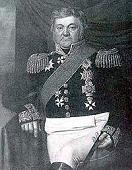

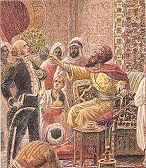





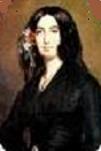



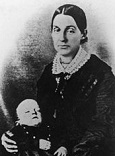
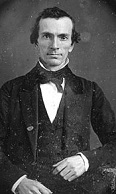
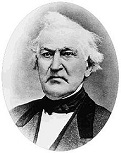
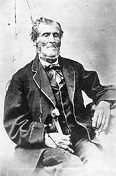
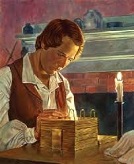
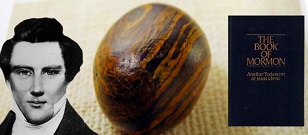







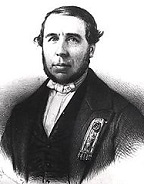
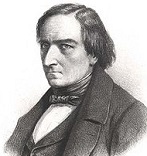


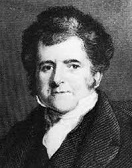
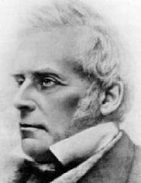
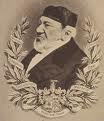


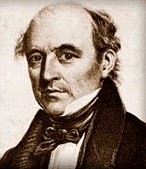


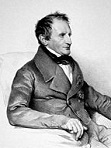









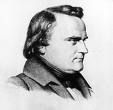

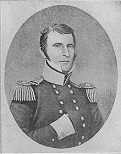
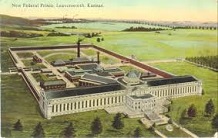
1827 Pop. of Cuba: 707K. On Jan. 5 British heir presumptive (since 1820) Prince Frederick, "the Old Duke" of York and Albany (b. 1763) (George III's 2nd son) dies of dropsy, making William IV the heir presumptive. On Jan. 8 Pomare III (b. 1820) dies, and on Jan. 11 Pomare IV Aimata ("eye-eater") (1813-77), daughter of Pomare II becomes queen of Tahiti (until Sept. 17, 1877). On Jan. 9 the city council of Baltimore, Md. passes a bill to establish public schools. I'll buy that for a buck, nyuk nyuk? On Jan. 18 after her parents object, Joseph Smith Jr. and Emma Hale Smith Bidamon (1804-79) of Harmony Township in Susquehanna County, Penn. elope in South Bainbridge, N.Y., after which they move to the home of Smith's parents in Manchester Township near Palmyra, N.Y.; on Sept. 22 (midnight) everhard 22-y.-o. Sharon, Vt.-born blonde Elvis lookalike Joseph Smith Jr. (1805-44) (known for being "a great babbler, credulous, not especially industrious, a money digger, prone to the miraculous and withal a little given to difficulties with neighbors and petty law suits", plus a "glass-looker", which gets him into criminal trouble), who goes on treasure hunts around the area takes his first wife Emma in a carriage borrowed from Joseph Knight Sr. (1772-1847) of Colesville (near Harmony), N.Y. (who supplies significant material support to Smith's trans. and pub. of the Book of Mormon, and converts along with his whole family, forming the Colesville Branch, the first branch in the church), and while she is praying he allegedly digs up ding-dong magic gold(en) plates (8 in. x 6 in. x 6 in. = 200 lb.?) inscribed with "reformed Egyptian" text on Cumorah (Mormon) (Gold Bible) Hill (Inspiration Point) in Manchester, N.Y. near his farm in Palmyra in W N.Y., later claiming that "Moroni, the person who deposited the plates, from whence the book of Mormon was translated, in a hill in Manchester, Ontario County, New York, being dead, and raised again therefrom, appeared unto me, and told me where they were; and gave me directions how to obtain them. I obtained them and the Urim and Thummim [magic seer stone] with them; by the means of which I translated the plates and thus came the book of Mormon", telling everybody and causing great excitement; on Dec. 27 they move to Harmony, Penn., obtaining a small house and farm, after which on Apr. 7, 1828 Joseph begins work on the Book of Mormon while Emma acts as scribe, never allowed to see the gold plates but permitted to feel them through a cloth blanket hung up between them (about seven inches long and rock hard?), later uttering the contradictory soundbyte to her son Joseph Smith III: "In writing for your father I frequently wrote day after day, often sitting at the table close by him, he sitting with his face buried in his hat, with the stone in it, and dictating hour after hour with nothing between us" (let's get something straight between us?); the LDS Church later depicts Joseph Smth Jr. sitting at a table with the plates in front of him and a candle, translating them without any stones, and never pub. an image showing him putting his face in a hat, or even mentioning that there could not have been any plates in it because of the problem of individual plates not being separable from the metal bindings?; in Feb. 1828 Easton, N.Y.-born Martin Harris (1783-1875) travels to Harmony to act as Smith's scribe in translating the plates, reaching 116 pages by June, after which he receives Smith's permission to show them to his wife and loses them, causing Smith to fire him and hire his Wells, Rutland County, Vt.-born schoolmaster friend Oliver H.P. (Hervy Pliny?) Cowdery (1806-50); on May 15, 1829 after being visited by John the Baptist near Harmony, Smith and Cowdery receive the Aaronic Priesthood and baptize each other in the Susquehanna River, then receive the Melchizedek Priesthood from Jesus' apostles Peter, James, and John near the Susquehanna River in June, after which the couple leaves Harmony and settles in Fayette, N.Y., where Smith finishes the translation in early June 1829 after dictating it in 65 days; in 2016 in the face of massive exposure of its failings on the Internet, the LDS Church releases the first photos of the magic stone allegedly used by Smith to translate the sacred text, a brown egg-sized rock - and it won't talk? In Jan. the Monticello auction following Thomas Jefferson's death last July 4 sells slave Peter Farley Fossett (1815-1901) along with his mother and seven siblings; Fossett goes on attempt escape 2x before his freedom is purchased by friends and family, moving to Cincinnati, Ohio and becoming pastor of the First Baptist Church of Cumminsville and a member of the Underground Railroad. On Feb. 17 British PM (since June 8, 1812) Robert Banks Jenkinson, 2nd Earl of Liverpool (1770-1828) has a stroke of apoplexy (14 years, 305 days), and is forced to retire on Apr. 9; on Apr. 12 after George IV is forced to accept him, poor-born Tory foreign secy. and orator star George Canning (1770-1827) becomes PM (until Aug. 8), and even though the French Rev. had turned him from a liberal into a conservative, his opposition to Euro powers meddling in the affairs of other states and his support of abolition cause the reactionary wing of the Tories to resign and form the "High (Ultra) Tories" (the remaining Tories being called the Canningites), causing him to have to accept Whigs in his cabinet, but he dies on Aug. 8 after 119 days in office (shortest period in office of any British PM until ?) before he can solidify control; on Aug. 31 Frederick John Robinson, 1st Viscount Goderich (1782-1859) (1st Earl of Ripon starting in 1833) (AKA Goody Goderich) becomes British PM (until Jan. 8, 1828), continuing to lead a mixed Tory-Whig cabinet, his shaky leadership causing several Tories to step in as unofficial PM until he resigns. On Feb. 19 the U.S. Supreme Court rules 4-3 in Ogden v. Saunders that La. citizen Ogden (represented by Henry Clay) can use state bankruptcy laws to avoid paying Ky. citizen Saunders (represented by Daniel Webster), and that Congress' power to pass bankruptcy laws can be trumped by certain state laws that make future contracts part of the contracts themselves; John Marshall issues his only dissenting opinion, with the soundbyte: "Contracts derive their obligation from the act of the parties, not from the grant of government." On Feb. 20 6K-9K Brazilians under gen. Felisberto Caldeira Brant, 1st Marquis of Barbacena (1772-1842) are defeated by a 6K-9K-man army Buenos Aires and the Banda Oriental under Gen. Carlos Maria de Alvear (1789-1852) at the Battle of Ituzaingo (Ituzaingó) (Rosario Pass) near the Santa Maria River, but Brazil refuses to concede the Banda Oriental, and PM (since 1826) Bernardo Rivadavia is forced to resign, and goes into exile; a congress returns the city of Buenos Aires to its province, and federalist leader Manuel Dorrego (1787-1828) becomes its gov.; rural landowners led by Juan Facundo Quiroga (1788-1835), caudillo of La Rioja in W Argentina force the congress to dissolve with his gaucho army, and the Confederacion de Estados del Rio de la Plata is established. On Feb. 27 New Orleans, La. holds its first Mardi Gras. On Feb. 28 after the city of Baltimore, Md. wishes to compete with the new Erie Canal, which serves New York City, and another canal is proposed by Penn. to connect Philly and Pittsburgh, the Baltimore and Ohio (B&O) Railroad Co. is incorporated, becoming the first commercial (passengers and freight) railroad chartered in the U.S.; next year its owner, America's richest man and DIU signer (longest living signer) Charles Carroll of Carrollton (1737-1832) lays the cornerstone; its first section opens in 1830, with the original line built from Baltimore, Md. W to Sandy Hook, Md., expanding over the Potomac River near its confluence with the Shenandoah River through Va. to Harpers Ferry, Va. just W of the confluence with Patterson Creek, then crossing back into Md. to Cumberland, Md., then to the Ohio River at Wheeling, Va. (later W. Va.), and on to Parkersburg, Va. (later W. Va.), reaching Portsmouth, Ohio, gaining the motto: "Linking 13 Great States with the Nation" - the ultimate been-there-done-that guy? On Apr. 11 Russian-Greek statesman Count John (Joannes) (Ioannis) Antonios Capodistrias (Kapodistrias) (1776-1831) is elected as pres. #1 of the Greek Repub. (until Oct. 9, 1831), and a new constitution is approved by the nat. assembly; on Jan. 7, 1828 after travelling from Geneva, he lands in Nafplion, followed on Jan. 8 by Aegina, becoming the first time he sets foot on the Greek mainland, going on to modernize and reform the govt. and unify the military, helping it reconquer territory lost to the Ottomans, introducing the first modern quarantine system in Greece, along with the phoenix, the first modern Greek currency, also introducing potato cultivation to Greece, encouraging the pop. to steal them from the docks of Nafplion to try them; too bad, his attempts to subdue the unruly capetanei and Maniates, along with his attempt to collect customs from the rich merchants turns the pop. against him, forcing him to call for Russian military aid, which backfires when the Greeks scuttle their fleet. On Apr. 29 the Fly Whisk Incident sees Ottoman dey of Algiers (since Mar. 1818) Hussein (Husayn) Day (1765-1818) insult French consul (1814-27) Pierre Deval (-1829) with a fly whisk to the face when Deval refuses to repay a 14M franc debt contracted in 1799 to feed French soldiers of Napoleon, pissing-off French king Charles X, who orders a blockade of the port of Algiers, which the dey responds to by firing cannons at the ships, leading to French preparations to invade Algeria, which prove popular with the French people. On May 24 the English-built SS Curacao (Curaçao) (sold to Holland in 1826) becomes the first steamship to cross the Atlantic Ocean (from Holland to Curacao) without using sail power, pissing the English off and causing them to either ignore it or claim that it's a myth. On July 2 English-born Thomas Cooper (1759-1840) gives a speech in which he calls the South the perennial loser in an "unequal alliance", and predicts that S.C. will "be compelled to calculate the value of the union", becoming the first major publicity given to the idea of Southern secession. On July 4 slavery is abolished in New York state. On July 6 after the Turks enter Athens, Britain, Russia, and France sign the Treaty of London, agreeing to force a truce on the Ottoman sultan, demanding an armistice and a permanent settlement of the Greek-Turkish War, with Greek self-govt. under nominal Turkish suzerainty, but Sultan Mahmud II refuses, and the British begin a peaceful blockade of the Egyptian fleet aiding Turkey against Greece; when the Egyptians attempt to break the blockade, on Oct. 20 the 26-ship British, French and Russian alliance under big heroes Adm. Sir Edward Codrington (1770-1851) of Britain, Russian Adm. Dmitri Senyavin, and Dutch adm. Login Petrovich Geiden (Lodewijk Sigismund Vincent Gustaaf van Heiden) (1772-1850) defeats and destroys the 82-ship Turkish-Egyptian navy of Mehmet Ali along with their feared fortress at the Battle of Navarino Bay in the SW Peloponnesus at Pylos, Greece, insuring Greek independence; Mikhail Lazarev is promoted to rear adm. for his achievements in the battle, and is put in charge of the Dardanelles blockade in 1828-9, made a cmdr. of the Baltic Sea Fleet in 1830, followed by chief of staff in 1832. On Aug. 22 after a military junta overthrows Bolivar's regime in Peru and secedes it from Colombia, then draws up a provisional constitution (adopted in 1828), it chooses former pres. #2 (1822-3) Gen. Jose (José) de Lamar (la Mar) (1778-1830) as pres. #8 (until June 7, 1829). In Nov. Davy, Davy Crockett, King of the Wild Frontier is elected to the U.S. House of Reps. from Tenn. for the first of three 2-year terms; Daniel Webster is elected to the U.S. Senate from Mass.; next Jan. Grace Fletcher Webster, his wife of 20 years dies after a painful illness, and in 1830 he marries Caroline Bayard Le Roy, who can't restrain his free-spending ways? Mahmud II orders his navy rebuilt; Am. physician Samuel Gridley Howe (1801-76) (later hubby of Julia Ward Howe of "Battle Hymn of the Republic" fame) becomes known as "the Lafayette of the Greek Rev." for his military exploits as well as fundraising activities in the U.S. The Anglo-Am. Convention of 1818 is extended indefinitely; the issue simmers until Am. immigration along the Oregon Trail begins in 1841. A British force lands in Lisbon to support the liberal govt. against king Miguel I (until 1828). Russia invades and conquers Persia, then takes Yerivan in Armenia. Francisco Morazan leads the Liberals in a civil war against the govt. of Manuel Jose Arce in Honduras (ends 1829); the Honduran capital of Comayagua (founded 1540) is burned. Britain declares the slave trade piracy, punishable by death. Shaka Zulu's mother Nandi dies, and he goes bonkers, ordering strict mourning practices incl. prohibiting the drinking of milk in his kingdom, turning many supporters against him. Britain finally abolishes "benefit of clergy". Britain begins administering the island of Fernando Po in the Gulf of Guinea (Bight of Biafra), with Spanish consent (until 1844), and maintains a naval station there. A poor grain harvest in England in 1826 threatens to drive prices sky high because of the 1815 Corn Law, causing PM George Canning to seek Parliamentary authority to import grain; the House of Commons okays it, but the House of Lords, led by the Duke of Wellington kills it; when Wellington becomes PM in 1828 his cabinet forces him to successfully reintroduce the same bill, but this time with a sliding scale, which alienates both sides. Italian-born British Jewish financier and philanthropist Sir Moses Montefiore (1784-1885) visits the Holy Land for the first of 7x (1827, 1838, 1849, 1855, 1857, 1866, 1875), donating large sums of money to build up the Jewish community in Jerusalem, and building the Moses Montefiore (Jaffa Gate) Windmill in 1857 in Yemin Moshe (established 1891), the first Jewish neighborhood outside the Old City walls. English-born botanist-explorer Allan Cunningham (1791-1839) discovers the rich Darling Downs in the hinterland of Brisbane, Queensland, Australia (EC coast), named after cruel N.S.W. gov. (1825-31) gen. Sir Ralph Darling (1772-1858). Edward Parry departs from Spitsbergen and sets a record for N latitude. The Mechanics' Union of Trade Assocs., the first city central labor org. is formed in Philly after carpenters lose a strike for a 10-hour workday. 18-y.-o. Charles Darwin (b. 1809) begins studying for holy orders in the Church of England at Christ's College in Cambridge; after developing doubts about his faith, he leaves in 1831 to become a naturalist aboard the HMS Beagle. Heinrich Heine begins traveling in England, Munich, Italy, Hamburg, and Helgoland (untl 1831), writing the last three of his tetralogy of travel books titled "Reisebilder" (1826-31). Self-educated Raleigh-born Greenvile, Tenn. tailor Andrew Johnson marries Eliza McCardle (1810-76), who teaches him the three Rs, causing him to get interested in politics and get elected mayor of Greenville in 1830; they have 3 sons and 2 daughters. A Mass. law requires a high school in every town of pop. 500 or more; in towns of 4K or more the school has to offer Latin, Greek, rhetoric and college prep. courses. The U. of Toronto (originally King's College until 1850) is founded in Toronto, Ont., Canada by royal charter, becoming the first higher ed. institution in Upper Canada; in 1850 it drops Church of England control; sports teams are called Varsity Blues; it goes on to found the Toronto School of lit. criticism, pioneer insuln and stem cell research, develop the first practical electron microscope, found the computer theory of NP-completeness, identify the first black hole Cygnus X-1, and develop multi-touch technology. Tioga County, N.Y.-born frontiersman Jedediah Strong Smith (1799-1831) becomes the first white man to cross the Great Basin incl. the Bonneville Salt Flats in NW Utah, becoming the first to make the overland round-trip to Calif.; he explores the Great Salt Lake and names it after himself, but it doesn't stick. Irish-born Alexander Campbell (1788-1866) of Bethany, Va. splits with the Baptists and founds the back-to-the-New-Testament Am. Restoration Movement (Campbellism)<, becoming the oldest ecumenical movement in the U.S., resulting in the creation of the Churches of Christ, which pub. the Millennial Harbinger (1823-63). The Separation of 1827 sees the Am. Quakers (Society of Friends) split into two hostile factions, the liberal Hicksite Party, led by crusty old abolitionist Elias Hicks (1748-1830), and the conservatives; guess which party liberal abolitionists James Mott and Lucretia Mott go with? After falling from a horse in Oct., the Plymouth Brethren (named after Matt. 23:8) Bible-only Christian denomination is founded in Dublin, Ireland by Westminster, London-born John Nelson Darby (1800-82), who popularizes Pre-Tribulation Rapture theology, Dispensationalism, and Futurism, later calling the invention of the telegraph an invention of Cain and a harbinger of Armageddon. Ft. Leavenworth is established by the 3rd Infantry Regiment under Col. (later Gen.) Henry Leavenworth (1783-1834) in NE Kansas (25 mi. NW of Kansas City) on bluffs above the Missouri River to guard wagon trains moving W on branches of the Santa Fe and Oregon Trails, which cross the river there; in 1829 the Rookery, the oldest house in Kansas is built there for the commanders, being used by the first gov. of Kansas Territory; on Sept. 21, 1866 the U.S. 10th Cavalry Regiment is formed there, becoming home of the African-Am. Buffalo soldiers; the the U.S. Disciplinary Barracks is founded in 1874, becoming the U.S. Defense Dept.'s only maximum security prison. The Evening Standard begins pub. in London. Karl Baedeker (1801-59) of Germany begins pub. authoritative travel guides. U.S. statesman Albert Gallatin retires from the govt. and becomes pres. of the Gallatin (Nat.) Bank (until 1834). Italian violin superstar Nicolo Paganini finally leaves Italy and begins touring Vienna, Berlin, London and Paris. Architecture: The Greek Revival Canada House in Trafalgar Square, London, England (begun in 1824) is finished, designed by British Museum architect Sir Robert Smirke, used by the Union Club and Royal College of Physicaians until 1923, when it is acquired by the Canadian govt. under the leadership of Canadian high commissioner to the U.K. (1922-30) Peter Charles Larkin (1855-1930). John Nash designs the dual white stucco-faced Carlton House Terrace in St. James, Westminster, London overlooking St. James' Park (finished in 1832) to replace Carlton House; in 1967 the Royal Society moves in. The new Bank of England Bldg. (begun 1795) on Threadneedle St., London is finished, having a big impact on commercial architecture; another one is built in Liverpool in 1845-8, and a 3rd in ?. English rich eccentric bi guy William Thomas Beckford builds eccentric neo-classical Beckford's (Lansdown) Tower on Lansdown Hill outside Bath, Somerset England. St. Katharine Docks in Tower Hamlets, London on the N bank of the Thames River downstream of Tower Bridge are built outside the jurisdiction of the City of London, where foreigners can dock and trade. Inventions: On Apr. 2 Joseph Dixon (1799-1869) begins manufacturing Dixon Ticonderoga pencils, made with graphite from Ticonderoga, N.Y. - now the Mason-Dixon Line can be pencilled in erasable black and white? In June the first successful photograph (which he calls "heliograph") is produced by Joseph Nicephore Niepce (Nicéphore Niépce) (1765-1833) in France; it uses bitumen of Judea coated on pewter plates in a camera obscura facing a window of his estate, imaging a blurry bldg., tree, and barn after eight hours of exposure, becoming the oldest surviving photography of a real-world scene; he produced foggy photographs as early as 1822. English astronomer royal (1835-81) Sir George Biddell Airy (1801-92) invents the Astigmatic (cylindrical) lens. French engineer Benoit Fourneyron (1802-67) invents the first practical water turbine, generating 6 hp from two sets of blades curved in opposite directions, winning him a 6K franc prize from the French Society for the Encouragement of Industry, going on to increase horsepower in 1837 to 60 at 2.3K rpm; in 1897 Fourneyron turbines are installed on the U.S. side of Niagara Falls. English-born U.S. engineer John Isaac Hawkins (1772-1854) invents the trifocal lens, along with a polygraph machine, and a mechanical penxil which Thomas Jefferson uses to write tens of thousands of letters; he later invents the upright (portable grand) piano. German Bohemian engineer Josef Ludwig Franz Ressel Joseph Ludwig Franz (Josef Ludvik Frantisek) (1793-1857) patents the screw propeller for ships. Charles Wheatstone invents the microphone. Science: London physician Richard Bright (1798-1858) first describes Bright's Disease (nephritis), characterized by albumin in the urine, causing him to become known as "the Father of Nephrology". Young Guns, or Mathematical Brokeback Mountain? Karl Gustav Jacob Jacobi (1804-51) and Niels Henrik Abel (1802-29) independently found the theory of elliptic (doubly periodic) functions. No Pain No Gain for electrical circuits? German physicist Georg Simon Ohm (1789-1854) pub. his famous Simple Simon Ohm's Law, stating that the ratio of electromagnetic force to current in an electrical circuit is a variable, er, constant, i.e. V = I * R (variable electromotive force = variable electric current times constant electrical resistance, independent of current and voltage). After discovering hydrochloric acid in stomach juices and separating it by distillation in 1823, English physician-chemist William Prout (1785-1850) proposes dividing the chemical components of food into sugars and starches (carbohydrates), lipids (fats), and albuminoids (proteins). Nonfiction: John James Audubon (1785-1851), Birds of North America; drawings of 1,065 birds of 499 different species, starting with the Am. wild turkey; "The great size and beauty of the Wild Turkey, its value as a delicate and prized article of food... render it one of the most interesting birds... in the United States"; the pages are "double elephant folios" (26.5 x 39.5 in.), the largest produced; only 200 sets are produced by printer Robert Havell Jr., all by subscription. Karl Ernst von Baer (1792-1876), Epistola de Ova Mammalium et Hominis Generis. Jeremy Bentham (1748-1832), Constitutional Code for All Nations; a new law code with utilitarian principles; other vols. appear in 1841, having a big effect in England by the end of the cent.; "The greater a man's power, the stronger his propensity in all possible ways to abuse it." Henry Hallam (1777-1859), The Constitutional History of England (3 vols.); covers from the accession of Henry VIII to the accession of George III; becomes a std. work; Robert Southey disses it as the "production of a decided partisan" for his distant treatment of Charles I, Thomas Cranmer, and Bishop William Laud. Joseph von Hammer-Purgstall (1774-1856), History of the Ottoman Empire (Geschichte des Osmanischen Reiches) (10 vols.) (1827-35); result of 30 years of study; too bad, it's never trans. to English until ?. Johann Gottfried Jakob Hermann (1772-1848), Opuscula (7 vols.) (1827-39); his magnum opus on ancient languages and history, turning-on his student Leopold von Ranke. Godfrey Higgins (1772-1833), The Celtic Druids (3 vols.) (2nd ed. 1829); "An attempt to show that the druids were the priests of oriental colonies who emigrated from India, were the introducers of the First or Cadmean System of Letters, and the buildiers of Stonehenge, Carnac, and other Cyclopean works in Asia and Europe"; announces the preparation of an upcoming volume about "all the ancient Mythologies of the world, which, however varied, and corrupted in recent times, were originally one, and that one founded on principles sublime, beautiful and true", which becomes "Anacalypsis" (1836). Wilhelm von Humboldt (1767-1835), On the Dual; shows that ancient languages such as Sanskrit are syntactically more complex than modern ones, ending attempts to find a common simpler original language. John Keble (1792-1866), The Christian Year. Thomas Longworth (ed.), American Almanac and New York Register (1828-61). Thomas Moore (1779-1852), History of Ireland. William Motherwell (1797-1835), Minstrelsy, Ancient and Modern. Georg Simon Ohm (1789-1854), The Galvanic Circuit Investigated Mathematically (Die Galvanische Kette, Mathematisch Bearbeitet; proposes Ohm's Law. George Sand (1804-76), Voyage en Auvergne (aubobio.) (first work). Sir Walter Scott (1771-1832), Tales of a Grandfather; Scottish history from the POV of a Tory who thinks the 1707 Act of Union was the bee's knees. Thomas Southwood Smith (1788-1861), The Use of the Dead to the Living; argues for use of corpses for medical dissection. Col. James Withycombe, An Embassy to Tehran and Account of a Visit to Kom. Music: Vincenzo Bellini (1801-35), Il Pirate (opera) (Oct. 27) (La Scala, Milan); a hit; makes him a top Euro composer. Jacques Fromental Halevy (1799-1862), L'Artisan (opera). Heinrich Marschner (1795-1861), Lucretia, Op. 67 (opera). Franz Schubert (1797-1828), Deutsche Messe, D872; Impromptus, Op. 90; Moments Musicaux, Op. 94; Piano Trio in B-flat, Op. 99 (D898); Die Winterreise, D911 (lyrics by Wilhelm Mueller); Piano Trio in E-flat, Op. 100 (D929). Johann Strauss I (1804-49), Tauberln-Walzer, Op. 1 ("Little Doves"). Art: John Constable (1776-1837), Salisbury Cathedral. Jean-Baptiste-Camille Corot (1796-1875), Le Pont de Narni. Eugene Delacroix (1798-1863), The Death of Sardanapalus. Georg Friedrich Kersting (1785-1847), Stickerin am Fenster. John Martin (1789-1854), Illustrations for Milton's "Paradise Lost" (mezzotints). Plays: Victor Hugo (1802-85), Cromwell; the preface is a manifesto of Romanticism and a dig at French neoclassical criticism and the dramatic unities of time and place, justifying the grotesque in art - I wanna be just like you? Karl Leberecht Immermann (1796-1840), Das Trauerspiel in Tirol (tragedy). Poetry: Fitz-Greene Halleck (1790-1867), Alnwick Castle, and Other Poems; incl. "Burns" and "Marco Bozzaris". Heinrich Heine (1797-1856), Reisebilder, Zweiter Teil; Buch der Lieder; his masterpiece?; Romanticism with liberal sympathies? Giacomo Leopardi (1798-1837), Operette Morali (Essays and Dialogues). Wilhelm Mueller (1794-1827), Lyrische Reisen und Epigrammatische Spaziergange. Alexander Pushkin (1799-1837), The Gypsies; written in 1824. Mihaly Vorosmarty (1800-55), Eger; the 1552 Siege of Eger. Edgar Allan Poe (1809-49), Tamerlane and Other Poems (first book); "By a Bostonian". Novels: Samuel G. Goodrich, Peter Parley (juvenile novel series) (1827-60). Wilhelm Hauff (1802-27), The Wine-Ghosts of Bremen (Phantasiem im Bremer Ratskeller) (his masterpiece?); The Jew Suss (Süss); redone in 1925 by Lion Feuchtwanger. Thomas Moore (1779-1852), The Epicurean. Karl Spindler (1796-1855), Der Jude - trust me, I'm German? Stendhal (1783-1842), Armance (first novel); impotent brilliant student Octave de Malivert romances Armance Zohiloff, marries her, then splits to fight in Greece, dying of sorrow. Births: Am. Tex. gov. #18 (1883-7) John Ireland (d. 1896) on Jan. 1 in Hart County, Ky.; Irish immigrant parents; moves to Seguin, Tex. in 1852. Japanese samurai ("The Last Samurai") Saigo Takamori (d. 1877) on Jan. 23 in Kagoshima, Satsuma. Canadian engineer-inventor (Freemason) Sir Sandford Fleming (d. 1915) on Jan. 7 in Kirkcaldy, Fife, Scotland; emigrates to Canada in 1845; 1851 inventor of the Threepenny Beaver stamp and 1876 inventor of Internat. Standard Time. French scientist Jean-Antoine Villemin (d. 1892) on Jan. 28 in Prey. Am. "Century Dictionary" linguist William Dwight Whitney (d. 1894) on Feb. 9 in Northampton, Mass.; educated at Williams College; brother of Josiah Whitney (1819-96); son-in-law of Roger Sherman Baldwin (1793-1863); father of Edward Baldwin Whitney (1857-1911); grandfather of Hassler Whitney (1907-89). Am. Civil War Union gen. Charles Robert Woods (d. 1885) on Feb. 19 in Newark, Ohio; brother of William Burnham Woods (1824-87). Am. Civil War Union gen. and U.S. rep. (D-Wisc.) (1885-7) Edward Stuyvesant Bragg (d. 1912) on Feb. 20 in Unadilla, N.Y.; educated at Hobart College. French defrocked priest Pere (Père) Hyacinthe (Charles Jean Marie Loyson) (d. 1912) on Mar. 10 in Orleans. English Pre-Raphaelite Brotherhood painter William Holman Hunt (d. 1910) on Apr. 2 in Cheapside, London; born William Hobman Hunt, he changes his middle name after discovering that his birth certificate was misspelled. English surgeon Sir Joseph Lister, First Baron Lister of Lyme Regis (d. 1912) on Apr. 5 in Upton; son of London opticist Joseph Jackson Lister (1786-). Am. "Ben-Hur" novelist-painter-statesman and U.S. Civil War maj. gen. Lewis "Lew" Wallace (d. 1905) on Apr. 10 in Brookville, Ind.; gov. of New Mexico Territory (1878-81); minister to Turkey (1881-5). Irish scientist Mary Ward (nee King) (d. 1869) on Apr. 27 in Ferbane. Argentine businessman Otto Bamberg (d. 1896) on May 1 in Cologne, Germany; emigrates to Argentina in 1850. English explorer John Hanning Speke (d. 1864) on May 4 near Bideford, Devon. Hungarian poet Janos Vajda (d. 1897) on May 7. French "The Dance" sculptor-painter Jean-Baptiste Carpeaux (d. 1875) on May 11 in Valenciennes, Nord; pupil of Francois Rude (1784-18550. Russian reactionary statesman Konstantin Petrovich Pobedonostsev (d. 1907) on May 21 in Moscow. Scottish-Australian analytical chemist-politician (red haired) (bearded) John Macadam (d. 1865) on May 29 in Northbank, Glasgow, Scotland; educated at the U. of Strathclyde, and U. of Edinburgh; namesake of the macadamia nut. British lt. gen. Frederick Augustus Thesigner, 2nd Baron Chelmsford (d. 1905) on May 31 in Derby. Australian Liberal statesman Hugh Culling Eardley Childers (d. 1896) on June 25 in London, England; educated at Wadham College, Oxford U., and Trinity College, Cambridge U.; emigrates to the U.S. in 1850. Swiss chemist Jacques-Louis Soret (d. 1890) on June 30; father of Charles Soret (1854-1904). Am. Dem. Kan. gov. #9 (1883-5) George Washington Glick (d. 1911) on July 4 near Greencastle, Fairfield County, Ohio. Swiss "Heidi" children's writer Johanna Spyri (nee Johanna Louise Heusser) (d. 1901) on July 12 in Hirzel. English explosives chemist Sir Frederick Augustus Abel, 1st Baronet (d. 1902) on July 17 in London. Am. politician (founder of Grand Junction, Colo.) George Addison Crawford (d. 1891) on July 27 in Clinton County, Penn. Am. flour magnate and Repub. gov. #8 of Minn. (1876-92) John Sargent Pillsbury (d. 1901) on July 29 in Sutton, N.H.; of English descent; uncle of Charles Alfred Pillsbury (1842-99); educated at the U. of Minn. Brazilian pres. #1 (1889-91) and field marshal Manuel Deodoro da Fonseca (d. 1892) on Aug. 5 in Alagoas. Belgian novelist-poet Charles Theodore Henri de Coster (d. 1879) on Aug. 20 in Munich, Germany; educated at the U. of Bruxelles. Austrian "Music of the Spheres" composer Josef "Pepi" Strauss (d. 1870) on Aug. 20 in Mariahilf (Vienna); son of Johann Strauss I (1804-49); brother of Johann Strauss II (1825-995) and Eduard Strauss (1835-1916). Am. entomologist-actor Henry "Harry" Edwards (d. 1891) on Aug. 2 in Ross-on-Wye, Herefordshire, England; emigrates to the U.S. in 1865. Am. actor (founder of the Drew-Barrymore acting dynasty) John Drew (Jonathan Henry Drewland) (d. 1862) on Sept. 3 in Dublin, Ireland; emigrates to the U.S. in 1845; husband (1848-) of Louisa Lane (1820-97); father of Louisa Drew (1852-), John Drew Jr. (1853-1927), and Georgiana Drew (1856-93) (who marries Maurice Barrymore in 1876). Italian "Il Canto degli Italia" nat. anthem poet-writer Goffredo Mameli (d. 1849) on Sept. 5 in Genoa. French journalist and drama critic Francisque Sarcey (d. 1899) on Oct. 8 in Dourdan, Seine-et-Oise. Swiss "Isle of the Dead" symbolist painter Arnold Bocklin (Böcklin) (d. 1901) on Oct. 16. French anti-vitalist organic chemist and politician Pierre Eugene Marcellin Berthelot (d. 1907) on Oct. 25 in Paris; educated at the College Henri IV; father of Philippe Berthelot (1866-1934). Am. architect Richard Morris Hunt (d. 1895) on Oct. 31 in Brattleboro, Vt.; brother of William Morris Hunt (1824-79) and Leavitt Hunt. Am. art historian (Boston Brahmin) Charles Eliot Norton (d. 1908) on Nov. 16 in Shady Hill, Cambridge, Mass.; son of Andrews Norton (1786-1853); cousin of Charles William Eliot (1834-1926); educated at Harvard U. Am. composer Edmond Dede (d. 1903) on Nov. 20. Am. "Steps to Christ" Seventh-Day Adventist founder (vegetarian) Ellen Gould White (nee Harmon) (d. 1915) on Nov. 26 in Gorham, Maine; has twin sister Elizabeth; likes to bind her books in red? Am. "The Four Hundred" New York high society arbiter Samuel Ward McAllister (d. 1895) in Dec. in Savannah, Ga. English "Gray's Anatomy" anatomist Henry Gray (d. 1860). Icelandic scholar Gudbrand Vigfusson (d. 1889) in Breidafjorour; educated at Copenhagen U. Am. philanthropist-educator (founder of the Hotchkiss School) Maria Harrison Hotchkiss (nee Bissell) (d. 1901) in Salisbury, Conn. Am. penologist ("Father of American Prison Reform") Zebulon Reed Brockway (d. 1920) in Lyme, Conn. Deaths: Am. portrait painter Charles Willson Peale (b. 1741) on Feb. 22 in Philadelphia, Penn.; had 17 children, and taught many of them to be painters. English historian William Mitford (b. 1744) on Feb. 10 in Exbury. Italian scientist Alessandro Volta (b. 1745) on Mar. 5. English composer James Hook (b. 1746) in France. Swiss educator Johann Heinrich Pestalozzi (b. 1746) on Feb. 17 in Brugg. French mathematician Marquis Pierre-Simon de Laplace (b. 1749) on Mar. 5 in Paris: "I have no need of that hypothesis (God)"; "All the effects of Nature are only mathematical results of a small number of immutable laws"; "Infinitely varied in her effects, Nature is only simple in her causes"; "What we know is little, and what we are ignorant of is immense." German Saxon king (1763-1827) Frederick Augustus I (b. 1750) on May 5. French Trappist abbot Augustin de Lestrange (b. 1754) on July 16 in Lyon. Am. porcelain manufacturer Josiah Spode Jr. (b. 1754). Am. political leader Rufus King (b. 1755) on Apr. 29 in Jamaica, Queens, N.Y. English caricaturist-painter Thomas Rowlandson (b. 1756) on Apr. 22. English Romantic poet-artist (genius or schizo?) William Blake (b. 1757) on Aug. 12 in Charing Cross, London; dies of biliary cirrhosis from fumes produced by his engraving work?; while working on illustrations for Dante's Inferno on which he spent his last shilling on a pencil, he puts the pencil down, draws his wife's portrait, and dies?; leaves Auguries of Innocence (pub. 1863), which incl. the lines: "To see a world in a grain of sand/ And a heaven in a wild flower,/ Hold infinity in the palm of your hand,/ And eternity in an hour./ A robin redbreast in a cage/ Puts all heaven in a rage"; "He died in a most glorious manner. He said he was going to that country he had all his life wished to see and expressed himself happy, hoping for salvation through Jesus Christ. Just before he died his countenance became fair, his eyes brightened and he burst out singing of the things he saw in heaven" (a lady): "In the universe there are things known, and things that are unknown, and in between there are doors"; "When the nations grow old the Arts grow cold/ And commerce settles on every tree"; "I will not cease from mental flight,/ Nor shall my sword sleep in my hand,/ Till we have built Jerusalem,/ In England's green and pleasant land." Am. banker-philanthropist-warden Thomas Eddy (b. 1758) on Sept. 16 in New York City. Spanish marshal Joaquin Blake y Joyes (b. 1759) on Apr. 27 in Valladolid. Am. cross-dressing Am. Rev. soldier Deborah Sampson (b. 1760) on Apr. 29 in Sharon, Mass. (yellow fever). English novelist-poet Helena Maria Williams (b. 1761) in Paris. Spanish diplomat Luis de Onis Gonzalez (b. 1762) in Madrid. British heir presumptive Prince Frederick, Duke of York and Albany (b. 1763) on Jan. 5 in Rutland House, London (dropsy). Am. businessman Victor Marie du Pont de Nemours (b. 1767) on Jan. 30 in Philadelphia, Penn. German deaf ear-trumpet-using bigwig composer Ludwig van Beethoven (b. 1770) on Mar. 27 in Vienna; leaves 32 piano sonatas and only one opera; last words: "Applaud, friends, the comedy is finished", or "I shall hear in heaven"; Franz Schubert visits his deathbed on Mar. 19 and is one of the 36 torch bearers at his Mar. 29 funeral, which causes 20K to line the streets; he is buried in the Wahring Cemetery W of Vienna, then moved to the Zentralfriedhof in Vienna in 1888; in 2005 the Argonne Nat. Lab. of the U.S. Energy Dept. announces that his body contained 60 times the avg. level of lead, accounting for his abdominal pain, bad digestion, depression, fevers and irritability - ode to joy? British PM (1827) George Canning (b. 1770) on Aug. 8 in Chiswick, Middlesex. Greek-born Italian #1 writer-poet-critic Ugo Foscolo (b. 1778) on Sept. 10 in Turnham Green, England; his remains are buried in the Church of Santa Croce in Florence in 1871. Scottish explorer Hugh Clapperton (b. 1788) on Apr. 13 in Sokoto, Nigeria (dysentery). French physicist Augustin Jean Fresnel (b. 1788) on July 14. German poet Wilhelm Mueller (b. 1794) on Sept. 30. German poet-novelist Wilhelm Hauff (b. 1802) on Nov. 18 (fever).




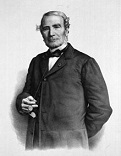







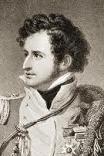




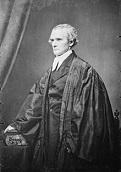
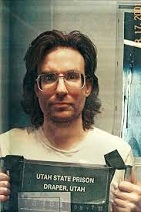
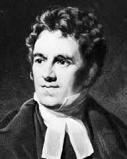

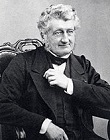
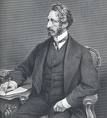


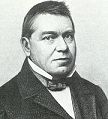
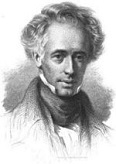


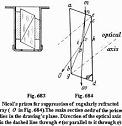




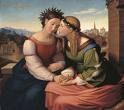
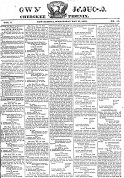

1828 On Jan. 8 British PM (since Aug. 31, 1827) Viscount Goderich resigns, his govt. never meeting Parliament, bursting into tears and causing George IV to hand him a hanky; on Jan. 22 Dublin, Ireland-born Arthur Wellesley, 1st Duke of Wellington (1769-1852) becomes British PM (until Nov. 16, 1830), turning the cabinet High (Ultra) Tory and causing many Canningites to go over to the Whigs; ever after British big brains speculate fondly on what Camelot George Canning might have presided over had he lived longer, making him the British JFK? On Jan. 20 Abraham Lincoln's older sister Sarah Lincoln Grigsby (b. 1807) dies in childbirth, which pisses him off, causing him to blame it on the Grigsby family and almost fight a duel over the matter - if there were more stars in the Southern sky? On Feb. 7 British MP Henry Peter Brougham (1778-1868) delivers a 6-hour speech in the House of Commons, becoming the longest so far (until ?); he sets the same record in the House of Lords on Oct. 7, 1831. On Feb. 21 the first issue of the bilingual Cherokee Phoenix is pub. in New Echota (modern-day Ga.) (until 1834), becoming the first newspaper pub. by Native Ams., and first pub. in a Native Am. language, containing the Constitution of the Cherokee Nation and claiming that their lands in N Georgia and W Carolina are "solemnly guaranteed and reserved forever to the Cherokee Nation by the Treaties concluded with the United States" (Treaty of 1791, et al.); Georgia responds with a law stipulating that after June 1, 1830 the authority of state law will extend over all Cherokees living within their state boundaries; the newspaper ceases pub. in 1834. In Feb. after Sir Robert Peel notes the success of the police force in Staylbridge, Cheshire set up two years earlier, plus the success of the Glasgow, Scotland police force set up in 1800, a committee of enquiry is set up to look into setting up a police force for Greater London, resulting in "Bobbies" ("Peelers") on the streets by next Sept., wich each officer given a unique badge numbers and held to the Peelian Principles of accountability, with police viewed as citizens in uniform who police with the implicit consent of their fellow citizens, with Peel uttering the soundbyte: "The police are the public and the public are the police." On Mar. 8 a decree in Mexico expels all Spaniards. On Apr. 1 after a liberal revolt in Mexico led by Vicente Guerrero overthrows Augustin de Iturbide, Guerrero becomes pres. #2 (until Dec. 17), with Gen. Anastasio Bustamante as vice-pres. and army CIC. On May 8 Exter, N.H.-born anti-war activist William Ladd (1778-1841) founds the Am. Peace Society in New York City from the merger of several state and local societies incl. the New York Peace Society (founded 1815), advocating a "Congress and High Court of Nations", going on to pub. Advocate of Peace, followed in 1837 by World Affairs; in 1834 the HQ is moved to Boston, Mass., followed in 1911 by Washington, D.C.; it later calls the U.S. Civil War a "police action" against the "criminals" of the Confederacy and refuses to oppose it. On May 5 Federalist liberal Gen. Francisco Antonio Pinto Diaz (1785-1858) is elected pres. #4 of Chile, taking office on May 8 (until Nov. 2, 1829); meanwhile conservatives, led by Gen. Jose Joaquin Prieto Vial (1786-1854) and Gen. Diego Jose Pedro Victor Portales y Palazuelos (1793-1837) begin a civil war (ends 1831). On May 19 the bizarre protective tariff bill (62% tax on 92% of all imported goods) known as the Tariff of Abominations is originally hatched by John Calhoun as a scheme to advance the candidacy of Andrew Jackson by proposing such high tariffs on raw materials that eastern manufacturers would cause it to be defeated, leaving Jackson's supporters free to either take credit for supporting or opposing it, while Jackson himself remains in the background ("manufactures of no sort or kind, but the manufacture of a President of the United States" - John Randolph of Va.); when Van Buren defects from the plot, and Mass. Sen. Daniel Webster flip-flops, coming out in favor of protectionism, cotton-state man Calhoun sees the devil in Daniel Webster and flip-flops, but it is passed by the U.S. Congress on May 11; John Calhoun, now against protectionism, authors the anon. South Carolina Exposition and Protest, announcing the South Carolina legislature's new doctrine that states may nullify federal laws that they find unconstitutional. On May 28 German youth Kaspar (Casper) Hauser (1812-33) is picked up by a cavalryman in Nuremberg with a note giving his name and claiming he was born on Apr. 30, 1812; he is found to have the mental development of a 6-y.-o., and claims to have lived most of his life in a dark cell, while repeating "I want to be a rider like my father! Horse! Horse!"; his case arouses public interest, with speculation that he is of the House of Baden, son of Stephanie de Beauharnais, Napoleon's adopted daughter and Karl Ludwig Friedrich, Grand Duke of Baden, who was succeeded by his uncle Leopold I for lack of an heir; British Lord Stanhope takes him under his wing, getting him sent to Ansbach, where on Dec. 14, 1833 an unknown assassin fatally stabs him, and he dies on Dec. 17; in 1924 a tiny cell is discovered in Pilsach Castle near Neumarkt in der Oberfalz containing a wooden horse, and in 2002 DNA evidence links him with the House of Baden; Werner Herzog makes the 1974 film Every Man for Himself and God Against All (Jeden fur Sich und Gott Gegen Alle) about him. On June 14 Goethe's patron Grand Duke Karl August of Saxe-Weimar-Eisenach (b. 1757) dies, and his son Karl Friedrich (1783-1853) becomes grand duke (until July 8, 1853), continuing the artsy fartsy tradition in Weimar, inviting Franz List to become kapellmeister and sheltering Richard Wagner next year after he is forced to flee Saxony for rev. activities, after which his opera Lohengrin debuts there in Aug. 1850. In summer the Sweet Lake (Bear Lake) Rendezvous on the Idaho-Utah border is attended by mountain men Philip Covington, Hugh Glass, Jim Bridger, Jim Beckwourth, Jedediah Smith, Ezekiel Abels, Black Harris, Joshua Pilcher; on Aug. 15 a party of 45-50 men on 80-90 mules depart for St. Louis, Mo. with $36M in furs incl. 7,710 lbs. of beaver pelts, arriving on Oct. 13 and making a profit of $16M. On July 4 after the British force in Portugal withdraws after making Dom Miguel promise to respect the liberal constitution, and as soon as the suckers are gone he stages a palace coup, abolishes the liberal 1822 constitution, and on July 11 has himself proclaimed as King Miguel I (1802-66) (until May 26, 1834); Maria II da Gloria flees to London, obtaining the support of Dom Pedro of Brazil to fight for her restoration, and the Miguelite (Liberal) Wars (Portuguese Civil War) (War of the Two Brothers) begin (end 1834). On July 5 after the exit of the liberal Tories from Wellington's cabinet creates the need for the election of a successor in County Clare in Ireland, he is defeated by Daniel O'Connell, who is barred from sitting in the English Parliament because he is a Roman Catholic; this puts pressure on Wellington to restore the rights of the Irish Roman Catholics, who have been fuming ever since the Act of Union in 1801, and they are finally permitted to hold local office. On July 27 king (since 1810) Radama I the Great (b. 1793) dies, and after eliminating her rivals his snake-eyed xenophobic wife Queen Ranavalona becomes Ranavalona (Ranavalona-Manjaka) I (1782-1861) of Madagascar (until Aug. 16, 1861), going on to reverse her hubby's modernization and Westernization efforts, reinstitute the slave trade, giving French traders a monopoly, expelling British missionaries in 1835, and becoming known as the Messalina, Bloody Mary, Wicked Queen, and Mad Queen of Magadascar with her Roman-style persecutions of Christians, incl. boiling them alive, while modernizing her army with the help of shipwrecked Frenchie Jean Laborde (1805-78), who builds a munitions plant and is given large tracts of land. In July the Cherokee Nation, presided over by Coowescoowe (1790-1866) adopts a written constitution in New Echota, but Ga. gov. George Michael Troup vows to seize all Cherokee lands by 1830; Coowesoowe is elected chief next year, and serves for life (until 1866), using the name John Ross when dealing with palefaces; with the federal govt. withdrawing federal toops, leaving them at the mercy of the Ga. state militia; meanwhile the once proud Creeks sell all their remaining territory in Ala. and Ga. and agree to move to the Indian Territory in modern-day Okla., although a number remain behind - my God those cops let us off with a warning, I was this close to my third straight? In Aug. after Antonio Sucre is expelled from Bolivia, Simon Bolivar resigns as pres. of the Repub. of Colombia, then assumes dictatorial control in Sept. in an attempt to stifle separatism, but troubles in Venezuela begin getting out of hand. In Aug. Kerala Varma III dies, and his nephew Rama Varma XI (-1837) becomes king of Cochin in SW India (until Nov. 1837). On Sept. 22 Zulu chief (since 1816) Shaka Zulu (b. 1785) is assassinated in modern-day Stranger by his half-brother Dingane (Dingaan) (1795-1840), another half-brother, and a servant; Dingane becomes the new Zulu chief (until 1840). On Oct. 31-Dec. 2 after the most scurrilous campaign since 1800, in which Jackson is accused of everything except being Attila the Hun (incl. "Andy Jackass", giving the Dem. Party a symbol), while Adams is accused of being corrupted by foreigners in the courts of Europe, and of having a billiard table and a chess set in the White House), the 1828 U.S. Pres. Election is a V for Andrew Jackson, who receives 56% of the popular vote and 178 electoral votes to 85 for J.Q. Adams (making him a 1-termer, like his daddy); Jackson carries the entire West and South plus Penn., while Adams carries New England, Del., and N.J.; John C. Calhoun deserts to the Jackson camp and is reelected vice-pres; in the 22 (out of 24) states that choose electors by popular vote, the number of voters triples over 1824, causing the big Jacksonian V; accusations that Jackson had lived in adultery with his pipe-smoking wife Rachel Robards Donelson for two years (1791-3) before her divorce was final causes her to take ill and die before Jackson takes office, and this gives him a permanent grudge against his oh-oh-oh-oh enemies. The Ninth Russo-Turkish War (ends 1829) begins after the great Euro powers hold several conferences and agree to prop up the Greeks against the Turks for strategic reasons, and the Turkish Porte (assembly) refuses an armistice offer from France, Britain and Russia, causing Russia to send naval forces to Turkey and put on the screws; Russia gains control of the E coast of the Black Sea, incl. E Armenia from Persia. Mehmet Ali finally agrees to the British demands to leave Greece. A military coup in Buenos Aires led by unitarian Gen. Juan Galo Lavalle (1797-1841) executes gov. Manuel Dorrego after he accepts the independence of the Banda Oriental. Uruguay becomes independent of Brazil following the Treaty of Rio de Janeiro. The Dutch annex W New Guinea. Spain stages an industrial exhibition. Dahlonega, Ga. becomes the site of the first gold rush in the U.S. Martin Van Buren becomes gov. of New York (ends 1829). Yet another Dutch West India Co. is formed (1621, 1674), but it soon goes bust - show me the money? Isle of Wight-born Corpus Christ, Oxford U.-educated classical scholar Thomas Arnold (1795-1842) is appointed headmaster of Rugby School in England (until 1841), going on to turn it into a model, introducing the study of history, modern languages, and mathematics, uttering the soundbyte: "I assume it as the foundation of all my view of the case, that boys at a public school never will learn to speak or pronounce French well, under any circumstances", hence it should be the goal to "learn it grammatically as a dead language"; he forbids teaching of physical science because "it must either take the chief place in the school curriculum, or it must be left out altogether"; Not that he liked it: "Rather than have [physical science] the principal thing in my son's mind, I would gladly have him think that the sun went round the earth, and that the stars were so many spangles set in the bright blue firmament. Surely the one thing needful for a Christian and an Englishman to study is Christian and moral and political philosophy"; he resists putting sport into the curriculum until 1850, listing his educational aims as cure of souls, moral development, and intellectual development, with the 1857 Thomas Hughes novel "Tom Brown's School Days" legendizing him; in 1866 Baron de Coubertin visits, becoming his admirer and helping inspire him to found the modern Olympics, calling him "the very cornerstone of the British Empire", and writing the soundbyte: "Thomas Arnold, the leader and classic model of English educators gave the precise formula for the role of athletics in education. The cause was quickly won. Playing fields sprang up all over England." New Harmony in Ind. folds, and Robert Owen returns home, but his son Robert Dale Owen stays in the U.S., becoming ed. of the Socialist newspaper Free Inquirer in New York City next year, then entering Ind. state politics as a Dem. legislator in 1835, a U.S. rep. in 1842-6, and a diplomat in 1853-8, finally becoming an active abolitionist. Bosendorfer Piano Co. is founded by Austrian musician Ignaz Bosendorfer (Bösendorfer) (1796-1859); used by Franz Liszt (1811-86), even though he is the official rep. of Erard Pianos? William Cullen Bryant (1794-1878) becomes ed. in chief of the New York Evening Post until death. Niblo's Garden in New York City is established. River steamboats begin navigating the Illinois River. Jedediah Smith becomes the first Am. pioneer to reach Calif. overland; he is aided in crossing the Klamath River by natives. Thomas Whittemore (1800-61) founds The Trumpet and Universalist Magazine, becoming the leading newspaper of the Universalist movement centered in Boston, Mass. The Brahmo Samaj (Sanskrit "samaja" = assembly) Hindu religious sect is founded in Calcutta, India by Brahman rajah Ram Mohan Roy Bahadoor (Bahadur) (1772-1833), believing in monotheism and the Vedas, and repudiating graven images and widow (suttee) and other sacrifices, and going on to get the suttee abolished in India, founding the Bengal Renaissance. The Working Men's Party is founded in Philadelphia and New York City. The United Bowmen of Phila. in Penn. is founded, becoming the first organized body of sport archers in the U.S. The weekly Athenaeum begins pub. in London. The weekly The Spectator begins pub. in London. The Anthon Transcript is presented by Martin Harris to classical scholar Charles Anthon (1797-1867) of Columbia U., a small piece of paper on which Joseph Smith Jr. allegedly wrote several lines of chars. from the gold plates in reformed Egyptian, allegedly writing a letter of authenticity before hearing the story about an angel revealing the plates to Smith, causing him on Feb. 17, 1834 to write a letter denying authenticity and calling it a hoax and "a scheme to cheat the farmer [Harris] out of his money"; in 1980 Mormon closet apostate Mark William Hofmann (1954-) creates a forgery of the Anthon Transcript and successfully foists it on the leaders of the LDS Church for $25K; he goes on to forge a document by Thomas Bullock claiming that Joseph Smith Jr. had designated his son Joseph Smith III as his successor rather than Brigham Young, a holograph by Joseph Smith Jr. claiming that he was a practitioner of black magic and treasure hunting five years after his First Vision, which he sells to Gordon B. Hinckley for $15K, who suppresses it until Hofmann leaks it to the press, causing the LDS Church to deny possession then confess and release it for study, and the Salamander Letter from Martin Harris to W.W. Phelps, claiming that Smith practiced "money digging" and that it wasn't an angel that appeared to him, but a white salamander; too bad, in 1984 LDS critics Jerald and Sander Tanner blow the whistle, and after he squanders his dough on lavish living and gets desperate, he makes homemade bombs and uses them to kill document collector Steven Christiansen and Kathy Sheets, wife of his former employer in Salt Lake City, Utah, throwing the police off the track until he accidentally explodes a bomb in his car, getting him arrested in Jan. 1986, after which he pleads guilty to two counts of 2nd degree murder in Jan. 1987, and is sentenced in Jan. 1988 to 5-life in prison, with the parole board recommending no parole. Architecture: On July 4 the cornerstone for Tremont House in Boston, Mass. is laid, becoming the first U.S. hotel to install bathrooms. Cape Elizabeth Lighthouse in the seaport of Portland, Maine is built as two rubblestone towers (the Two Lights), with its first keeper appointed by Pres. J.Q. Adams; in the 1920s it is modified to a single beacon; by this year there are 25 lighthouses in the U.S., growing to over 10K by 1970. Werdersche Kirche (begun 1825) in Berlin is finished. The Church of the Tithes by Vasily Stasov is built on the site of the first Russian church in Kiev, housing relics of St. Vladimir (destroyed by the Communists in the 1930s). Inventions: James Bogardus (1800-74) of the U.S. invents the Ring Flier, a cotton-spinning machine. Am. engineers Charles Danforth (1797-1876) and John Thorp (1784-1848) invent cotton cap and ring spinning machines, respectively. ? Gillot invents the first machine-made steel pen. Anyos Jedlik (1800-95) of Hungary invents the electric motor? Samuel Jones of London invents the Promethean Match, a glass bead containing acid and wrapped in paper, which ignites upon breaking. Scottish inventor William Nicol (1768-1851) invents the Nicol Prism, useful for obtaining polarized light. French watchmaker Onesiphore (Onésiphore) Pecqueur (1792-1852) patents the Differential Gear for 4-wheeled vehicles. Pierre Adolphe Poirry invents the stethoscope with earpiece. The Sheffield Co. of England invents a razor with a guarded cutting edge. Dutch candymaker Casparus van Houten (1770-1858) and his son Coenraad Johannes van Houten (1801-87) patent a process for removing the fat from roasted cocoa beans to make cocoa powder, and make the first chocolate candy; the first chocolate bar is produced in 1847 by J.S. Fry & Sons of England - I want to be born after this year? Science: Niels Henrik Abel begins the study of Elliptic Functions. German biologist Karl Ernst von Baer (1792-1876) pub. Uber Entwickelungsgeschichte der Theire, claiming that embryonic development is the history of increasing specificity, founding modern comparative embryology. Johan Jacob Berzelius discovers the scarce dark grey radioactive metallic element thorium (Th) (#90), present in monazite sand in Travancore India, Brazil, and the U.S. German scientist Heinrich Wilhelm Dove (1803-79) discovers that tropical cyclones rotate counterclockwise in the N hemisphere and clockwise in the S hemisphere. German physicist Georg Adolf Erman (1806-77) circumnavigates the Earth, studying magnetic fields. Nicotine is first isolated in pure form by Wilhelm Hienrich Posselt (1806-77) and Karl Ludwig Reimann (1804-72) of Heidelberg, Germany from the leaves of the tobacco plant. German chemist Friedrich Wohler (Wöhler) (1800-82) isolates the pure light gray metal element Beryllium (#4) (Be) (discovered in 1798); he also synthesizes the organic chemical urea from the inorganic chemical ammonium cyanate, founding organic chemistry and dealing a death blow to the vitalistic theory that there is a vital force in living materials which creates an impassible gulf with inorganic ones; too bad, the vitalists get a reprieve when they find that he cheated and got his raw material from bones, and it takes until 1850 to kill vitalism completely; French chemist Antoine Alexandre Brutus Bussy (1794-1882) independently isolates beryllium. Nonfiction: Karl Baedeker (1805-59), The Rhine from Mainz to Cologne. Karl Ernst von Baer (1792-1876), Uber Entwickelungsgeschichte der Theire; claims that embryonic development is the history of increasing specificity, founding modern Comparative Embryology. William Lisle Bowles (1762-1850), Hermes Britannicus. The British Almanac; pub. by the Society for the Diffusion of Useful Knowledge in Britain, and pub. by the Stationers' Co.; first modern informational almanac sansa prognostications. Adolphe-Theodore Brongniart (1801-76), Histoire des végétaux fossiles (History of fossil plants) (2 vols.) (1838-37); infers a warm humid climate from the vegetation present in the fossil record of the late Devonian and early Carboniferous periods, finding that the Pteridophyta (ferns) predominate in the Palaeozoic Period, the Gymnosperms in the Mesozoic Period, and the Angiosperms in the Cenozoic Period, founding the science of Paleobotany, and giving later researchers incl. Eunice Newton Foote the idea that the atmosphere contained a high CO2 concentration of about 600 ppm. Thomas Carlyle (1795-1881), Essay on Burns. George Combe (1788-1858), The Constitution of Man Considered in Relation to External Objects; internat. bestseller (300K copies), promoting phrenology as scientific and claiming that an understanding of phrenology leads to an understanding of human nature and a practical science of morality, getting him denounced as a materialist and atheist, which only makes him more popular?; of course he has the hair around his widow's peak fluffed-up to make his cranium appear more prominent?; "Mental qualities are determined by the size, form and constitution of the brain; and these are transmitted by hereditary descent." John Debrett (1753-1822), Baronetage of England (London) (posth.). Jean Baptiste Andre Dumas (1800-84), Traite de Chimie Appliquee aux Arts (8 vols.) (1828-45). James Fazy (1794-1878), Gerontacracy. John Franklin (1786-1847), Arctic Explorations, 1825-1827. Jakob Friedrich Fries (1773-1843), Neue oder Anthropologische Kritik der Vernunf (1828-31). Francois Guizot (1787-1874), Histoire de la Civilisation en Europe; emphasizes the importance of the middle class. James Hall, Letters frrom the West; incl. the soundbyte "paddled her own canoe". Johann Friedrich Herbart (1776-1841), Allegemeine Metaphysik (1828-9). Samuel Gridley Howe (1801-76), Historical Sketch of the Greek Revolution. Johann Nepomuk Hummel (1778-1837), A Complete Theoretical and Practical Course of Instruction on the Art of Playing the Piano Forte. Washington Irving (1783-1859), The Life and Voyages of Christopher Columbus (2 vols.); claims that his first landfall was Cat Island, NE of Watlings Island, and portrays Columbus as standing before the Council of Salamanca, who thought the Earth was flat. Karl Christian Friedrich Kraus, Vorlesungen uber das System der Philosophie. K.O. Muller (1797-1840), Etruscan Antiquities. Lt.-Col. Sir William Francis Patrick Napier (1785-1860), History of the War in the Peninsula and the South of France from the Year 1807 to the Year 1814 (6 vols.) (1828-40); based on his personal experiences and research; starts out selling slowly then becomes a hit in England, France, and Germany; too bad, he spends a lot of space trying to defend the rep. of his commanding officer Lt.-Gen. Sir John Moore (1761-1809) and prevent his glory from being overshadowed by that of the Duke of Wellington, dragging the work's rep down with controversy and accusations of bias. James Kirke Paulding (1778-1860), The New Mirror for Travellers. Timothy Pitkin (1766-1847), A Political and Civil History of the United States: From the Year 1763 to the Close of the Administration of President Washington in March 1797 (2 vols.). Jean Baptiste Say (1767-1832), Cours Complet d'Economie Politique Pratique; a course of economic liberalism. Dugald Stewart (1753-1828), The Philosophy of the Active and Moral Powers (last book). Noah Webster (1758-1843), An American Dictionary of the English Language (Apr. 14); 70K words; takes 27 years of work, and incl. 12K more words and 40K more definitions than any other English dictionary, incl. unique Am. words such as skunk and squash; simplifies British spelling, e.g., center instead of centre, color instead of colour; heavy on Biblical definitions; too bad, it only sells 2.5K copies, and he has to mortgage his home to pub. a 2-vol. rev. ed. in 1840, dying broke; learns 26 languages to make it. Richard Whately (1787-1863), Elements of Rhetoric; On Some of the Difficulties in the Writings of St. Paul. Music: Daniel Auber (1782-1871), La Muette de Portici (The Mute Girl of Portici) (AKA Masianello) (opera) (Paris Opera) (Feb. 29); first-ever French grand opera (a romantic historical story with a 4-act or 5-act structure, ballet sequence, and spectacular stage effects); Masaniello's rising against the Spanish masters of Naples in the 17th cent., the mute dancer Fenella and Elvire; a performance in Brussels on Jan. 28, 1830 sets off a rev. leading to the creation of Belgium; incl. Du Pauvre sedul Ami Fidule, Amis, le Soleil Va Paraitre, Amour Sacre de la Patrie (Sacred Love of Fatherland). Vincenzo Bellini (1801-35), La Straniera (opera) (Feb. 14) (La Scala, Milan). Frederic Chopin (1810-49), Piano Sonata No. 1 in C minor, Op. 4. Fromental Halevy (1799-1862), Le Roi et le Batelier (opera). Heinrich Marschner (1795-1861), Der Vampyr (The Vampire) (opera) (Leipzig) (Mar. 29); libretto by Wilhelm August Wohlbruck, based on the 1821 play "Der Vampir oder Die Totenbraut" by Heinrich Ludwig Ritter, based on the 1819 novel "The Vampyre" by John Polidori. Franz Schubert (1797-1828), Symphony No. 7 in C major; (Great) Symphony No. 9 in C major (Mar.) (his masterpiece?); String Quintet in C major; Grillparzer Standchen (Ständchen), D920, Piano Duet Fantasy in F minor, D940 (dedicated to Countess Caroline Esterhazy), Mass No. 6 in E flat major, D950, Schwanengesang (Swan Song), D957 (last and greatest song collection), incl. No. 4 Standchen (Ständchen) (Serenade); Piano Sonata in C minor, D958; Piano Sonata in A, D959; Piano Sonata in B flat, D960 (last work). Johann Strauss I (1804-49), Viennese Carnival, Op. 3; Suspension Bridge, Op. 4. Art: John Constable (1776-1837), Branch Hill Pond. Eugene Delacroix (1798-1863), Faust Lithographs (19 of them). Johann Friedrich Overbeck (1789-1869), Germania and Italia; no lezzy meaning intended by a Nazarene? Plays: Casimir Delavigne (1793-1843), La Princesse Aurilie. Johan Ludvig Heiberg (1791-1860), Elverhoi (Elverhöi). George William Frederick Howard (1802-64), The Last of the Greeks (tragedy). Mary Russell Mitford (1787-1855), Rienzi (Drury Lane, London). August von Platen (1796-1835), Der Romantische Oedipus. Novels: John Banim (1798-18420, The Croppy: A Tale of 1798. Edward George Bulwer-Lytton (1803-73), Pelham, or, Adventures of a Gentleman; keeps gossips guessing which real dandies are being described, making him a celeb. Lydia Maria Child (1802-80), The First Settlers of New England; blames whites for inhuman treatment of Indians. James Fenimore Cooper (1789-1851), The Red Rover. Nathaniel Hawthorne (1804-64), Fanshawe (first novel); pub. anon.; about his college life; a flop. Sir Walter Scott (1771-1832), The Fair Maid of Perth. Births: English "The Chronicles of the Schonberg-Cotta Family" writer (Anglican) Elizabeth Rundle Charles (d. 1896) on Jan. 2 in Tavistock, Devon. Hungarian violinist Ede Remenyi (Reményi) (Eduard Hoffmann) (d. 1898) on Jan. 17 in Miskolc; student of Joseph Bohm. German botanist-bacteriologist Ferdinand Julius Cohn (d. 1898) on Jan. 24 in Breslau (Wroclaw). Italian positivist philosopher (ex-Roman Catholic priest) Roberto Felice Ardigo (Ardigò) (d. 1920) on Jan. 28 in Casteldidone, Cremona, Lombardy. U.S. Repub. Sen. (1866-91) George Franklin Edmunds (d. 1919) on Feb. 1 in Richmond, Vt. Swiss capitalist patriarch (Jewish) Meyer Guggenheim (d. 1905) on Feb. 1 in Lengnau, Aargau; emigrates to the U.S. in 1847; father of seven sons incl. Isaac Guggenheim (1854-1922), Daniel Guggenheim (1856-1930), Murry Guggenheim (1858-1939), Solomon Guggenheim (1861-1949), Benjamin Guggenheim (1865-1912), Simon Guggenheim (1867-1941), and William Guggenheim. Ibsen, Tolstoy and Verne were all born in what year? French "Around the World in Eighty Days" pioneer science-fiction novelist Jules Gabriel Verne (d. 1905) on Feb. 8 in Ile Feydeau, Nantes; atty. father Pierre Verne, distant Scottish-descent mother Sophie Allote de la Fuye; brother of Paul Verne (1829-), Anna Verne (1836-), Mathilde Verne (1839-), and Marie Verne (1842-). English novelist-poet George Meredith (d. 1909) on Feb. 12 in Portsmouth. Welsh poet Glasynys (Gael. "blue island") (Owen Wynne Jones) (d. 1870) on Mar. 4 near Caernarvon. English pacifist Liberal MP (1885-95, 1900-8) (Methodist) Sir William Randal Cremer (d. 1908) on Mar. 18 in Fareham; knighted in 1907. Norwegian "An Enemy of the People", "Peer Gynt", "A Doll's House" realist dramatist ("Father of the Modern Drama") Henrik Johan Ibsen (d. 1906) on Mar. 20 in Skien; invents the women's libber view of women? Scottish Tudor historian James Gairdner (d. 1912) on Mar. 22 in Edinburgh; brother of Sir William Tennant Gairdner (1824-1907). U.S. Supreme court justice #46 (1881-1902) Horace Gray (d. 1902) on Mar. 24; descendant of William Rufus Gray (1750-1825); half-brother of John Chipman Gray (1839-1915); educated at Harvard U. Scottish "Lilliesleaf", "The Chronicles of Carlingford" novelist Margaret Oliphant Oliphant (nee Margaret Wilson Oliphant) (d. 1897) on Apr. 4 in Wallyford (near Musselburgh), East Lothian. English writer William Delafield Arnold (d. 1859); 4th son of Thomas Arnold; brother of Matthew Arnold (1822-88) and Tom Arnold (1823-1900). French "Race, Milieu and Moment" naturalist positivist historian and lit. critic (co-founder of historicist criticism) ("the first of living historians" - Friedrich Nietzsche) Hippolyte Adolphe Taine (d. 1893) on Apr. 21 in Vouziers; educated at the Sorbonne. Scottish celeb wife Euphemia "Effie" "Phemy" Chalmers Gray (Ruskin), Lady Millais (d. 1897) on May 7 in Perth; wife (1848-54) of John Ruskin (1819-1900) and (1855-96) Sir John Everett Millais (1829-96). Swiss "A Memory of Solferino" writer-activist and Internat. Red Cross founder (1863) Jean Henri (Henry) Dunant (d. 1910) on May 8 in Geneva. Irish Fenian novelist-poet-journalist Charles Joseph Kickham (d. 1882) on May 9 in Mullinahone, County Tipperary. Belgian painter Alfred Stevens (d. 1906) on May 11 in Brussels. English Pre-Raphaelite poet-painter Dante Gabriel Rossetti (d. 1882) on May 12 in London; brother of Joseph Stevens; friend of Theodore Watts-Dunton (1832-1914); educated at King's College School. Am. Chicago Union Stock Yards founder Samuel Waters Allerton (d. 1914) on May 26 in Amenia Union, Dutchess County, N.Y. German chemist Friedrich Georg Carl Gaedcke (d. 1890) on June 5. Am. "Oahspe" New Age leader John Ballou Newbrough (d. 1891) on June 5 near Mohicanville, Ohio; English father, Swiss mother; named for Universalist minister Hosea Ballou. Am. economist David Ames Wells (d. 1898) on June 17 in Springfield, Mass. Am. Civil War Brig. Gen. James Johnson Pettigrew (d. 1863) on July 4 in Tyrrell County, N.C.; of French Huguenot descent; educated at the U. of N.C. Austrian Votivkirche architect Heinrich von Ferstel (d. 1883) on July 7 in Vienna. Am. Hawaiian sugar refiner magnate Adolph Claus J. Spreckels (d. 1908) on July 9 in Lamstedt, Hanover; emigrates to the U.S. in 1846. Russian "What Is to Be Done?" materialist socialist philosopher Nikolai Garilovich Chernyshevsky (d. 1889) on July 12 in Saratov; educated at the U. of St. Petersburg; son of a priest. Am. railroad exec James Roosevelt Sr. (d. 1900) on July 16 in Hyde Park, N.Y.; son of Isaac Roosevelt (1790-1863) and Mary Rebecca Aspinwall (1809-86), a 6th-gen. descendant of Rebecca Stroughton, sister of Salem Witch Trials judge William Stroughton (1631-1701); 6th-gen. ancestor of Theodore Roosevelt. Spanish gen. Manual Pavia y Rodriguez (Manuel Pavía y Rodríguez) de Albuquerque (d. 1895) on Aug. 2 in Cadiz. Am. Joseph Smith Jr. wife #28 (1843-4) Helen Mar Kimball (d. 1896) on Aug. 22 in Mendon, N.Y. U.S. Army surgeon gen. #11 (1862-4) William Alexander Hammond (d. 1900) on Aug. 28 in Annapolis, Md.; educated at CUNY. Russian "War and Peace", "Anna Karenina" pacifist Christian anarchist novelist-playwright-writer Count Leo (Lev) Nikolaevich (Nikolayevich) Tolstoy (Tolstoi) (d. 1910) on Sept. 9 (Aug. 28 Old Style) in Yasnaya Polyana (Russ. "bright glade"), Tula Province; educated at the U. of Kazan; husband (1862-) of Countess Sophia Andreyevna Tolstaya (1844-1919); founder of the Sermon on the Mount-living Tolstoyan Movement. British ambassador to the U.S. (1893-1902) Julian Pauncefote, 1st Baron Pauncefote (d. 1902) on Sept. 13 in Munich, Germany.; educated at Marlborough College. Am. Civil War Union soldier Theodore Winthrop (d. 1861) on Sept. 22 in New Haven, Conn.; first Union soldier killed in the U.S. Civil War. U.S. Rep. (1861-8) and Sen. (1883-95) (R-Iowa) James Falconer "Jefferson Jim" Wilson (d. 1895) on Oct. 19 in Newark, Ohio. Russian maj. gen. Mikhail Grigorievich Chernyayev (d. 1898) on Oct. 24 in Mogilev. U.S. Sen. (D-Del.) (1869-85) and U.S. ambassador #1 to Britain (1893-7) Thomas Francis Bayard Sr. (d. 1898) on Oct. 29 in Wilmington, Del.; father of Thomas Francis Bayard Jr. (1868-1942). English chemist-physicist (carbon filament light bulb inventor) Sir Joseph Wilson Swan (d. 1914) on Oct. 31 in Bishopwearmouth (Sunderland); knighted in 1904. Scottish physicist Balfour Stewart (d. 1887) in Nov. 1 in Edinburgh. Am. Civil War Union Brig Gen. Alfred Howe Terry (d. 1890) on Nov. 10 in Hartford, Conn. Russian field marshal Count Joseph Vladimirovich Gourko (d. 1901) on Nov. 15 in Mogilev. Chinese-Am. educator Yung Ming (d. 1912) on Nov. 17 in Nanping, China; first Chinese student to graduate from a U.S. univ. (Yale College in 1854). Am. Bausch & Lomb co-founder Henry Lomb (d. 1908) on Nov. 24 in Burgham, Germany; emigrates to the U.S. in 1848; collaborator of John Jacob Bausch (1830-1926). English mountaineer-judge Sir Alfred Wills (d. 1912) on Dec. 11 in Univ. College London. U.S. Rep. (D-Minn.) (1875-7) Col. William Smith King (d. 1900) on Dec. 16 in Malone, N.Y. German poet (lover of Richard Wagner) Mathilde Wesendonck (nee Agnes Mathilde Luckemeyer) (d. 1902) on Dec. 23 in Elberfeld, Rhineland. Am. printer-typographer Theodore Lowe De Vinne (d. 1914) on Dec. 25 in Stamford, Conn. English physiologist Sir John Scott Burdon-Sanderson (d. 1905) in Dec. German philosopher-sociologist Friedrich Albert Lange (d. 1875). Am. Civil War Union brig. gen. Ely Samuel Parker (Hasanoanda) (Donehogawa) (d. 1895) in Indian Falls, N.Y.; an Iroquois of the Seneca tribe. German "Arab Horsemen" painter Adolf Schreyer (d. 1899) in Frankfurt-am-Main. French journalist-novelist Edmond Francoise Valentin About (d. 1885) in Dieuze, Lorraine; educated at the Ecole Normale. English writer George Augustus Sala (d. 1895). Am. Hudson River School landscape painter James MacDougal Hart (d. 1901). Deaths: French sculptor Jean-Antoine Houdon (b. 1741) on July 15 in Paris. English-born Am. dentist John Woofendale (b. 1742). Am. Rev. politician Richard Peters Jr. (b. 1744) on Aug. 22 in Philadelphia, Penn. Spanish wacked-out painter-engraver Francisco Jose de Goya y Lucientes (b. 1746) on Apr. 6 in France; later reburied in Spain. Am. Tenn. politician William Cocke (b. 1747) on Aug. 22 in Columbus, Miss.; namesake of Cocke County, Tenn. Am. "By the dawn's early light" physician William Beanes (b. 1749) on Oct. 12 in Upper Marlboro, Md. Am. diplomat Thomas Pinckney (b. 1750) on Nov. 2 in Charleston, S.C. English "Journals of the House of Commons" printer Luke Hansard (b. 1752) on Oct. 29 in London. Austrian gen. Karl Mack von Leiberich (b. 1752) on Dec. 22. English engraver Thomas Bewick (b. 1753) on Nov. 8 in Gateshead, Durham. Scottish philosopher Dugald Stewart (b. 1753) on June 11 in Edinburgh. Italian poet Vincenzo Monti (b. 1754) on Oct. 13. Am. portraitist Gilbert Stuart (b. 1755) on July 9 in Boston, Mass.; suffered a stroke in 1824; dies deeply in debt, and is buried in an unmarked grave; painted more than 1K portraits, incl. at least 100 of George Washington over 30 years; painted a portrait of Martha Washington which he never delivered; painted portraits of John Adams and Abigail Adams in 1800, and takes until 1815 to finish, with their son having to rescue them from a bankruptcy sale; painted Dolley Madison while hubby James Madison was secy. of state in Jefferson's cabinet; painted Thomas Jefferson but not his wife, who died before he became pres. Am. politician-soldier Green Clay (b. 1757) on Oct. 31 in Richmond, Ky.; dies the richest man in Ky. German grand duke Karl August of Saxe-Weimar-Eisenach (b. 1757) on June 14 in Graditz (near Torgau). German phrenology founder Franz Joseph Gall (b. 1758) on Aug. 22 in Paris. Am. Rev. War Maj. William Jackson (b. 1759) on Dec. 17 in Philadelphia, Penn. Am. architect William Thornton (b. 1759) on Mar. 28 in Washington, D.C. Spanish dramatist Leandro Fernandez de Moratin (b. 1760) on June 21 in Paris. Am. writer Mary Randolph (b. 1762) on Jan. 23 in Washington, D.C.; first person buried in Arlington Cemetery (Section 45). Japanese poet Kobayashi Issa (b. 1763) on Jan. 5 in Kashiwabara; "O snail/ Climb Mt. Fuji/ But slowly, slowly". British Navy Lt. John Clarkson (b. 1764) on Apr. 2 in Woodbridge, Suffolk. English-born German queen of Wurttemberg (1806-16) Charlotte of Wurttemberg (b. 1766) on Oct. 5 in Schloss Ludwigsburg. English chemist William Hyde Wollaston (b. 1766) on Dec. 22 in Chislehurst; discoverer of Frauenhofer lines and UV rays, palladium, and rhodium, and inventor of the camera lucida. U.S. First Lady-almost Rachel Robards (Donelson) Jackson (b. 1767) on Dec. 22 (heart attack); dies two weeks after her hubby's election V, but before inauguration; 10K attend her funeral, after which she is buried on Dec. 24 in her white inauguration gown; her tombstone mentions the word "slander". Am. Erie Canal politician DeWitt Clinton (b. 1769) on Feb. 11 in Albany, N.Y.; in 1929 the DeWitt Clinton Professorship of Am. History is founded at his alma mater Columbia U. British 3-time-straight PM Robert Banks Jenkinson, 2nd earl of Liverpool (b. 1770) on Dec. 4 in Kingston upon Thames, Surrey. Am. Willard Hotel politician-entrepreneur Col. John Taylor III (b. 1770) on Mar. 23 in Mount Airy, Richmond County, Va. U.S. Supreme Court justice #19 (1826-8) Robert Trimble (b. 1776) on Aug. 25 in Paris, Ky. (fever). English novelist Lady Caroline Lamb (b. 1785) on Jan. 26 in Brocket Hall; goes insane after seeing Lord Byron's funeral cortege in 1824. African Zulu chief Shaka Zulu (b. 1785) on Sept. 22 (murdered). Greek anti-Turk rev. leader Alexander Ypsilanti (b. 1792) on Jan. 31 in Vienna. Malagasy king #1 (1810-28) Radama I the Great (b. 1793) on July 27 in Rova of Antananarivo. Austrian composer Franz Peter Schubert (b. 1797) on Nov. 19 in Vienna (syphilis); dies a failure after his first full scale public concert on Mar. 26, leaving a ton of classical and sacred works incl. 600 lieder, 9 symphonies, and 22 piano sonatas that become popular a cent. after his death, incl. Sonata No. 21 in B flat, along with his Unfinished 8th Symphony in B minor - the good die young even when there's a lot on their plate? English Romantic painter Richard Parkes Bonington (b. 1802) - the good die young?






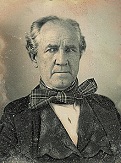

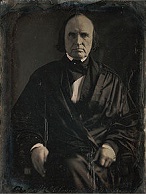


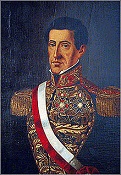
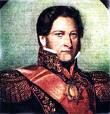
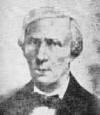







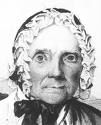







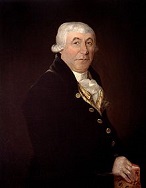
















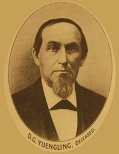
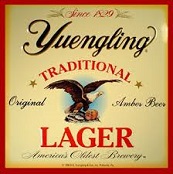

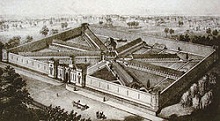

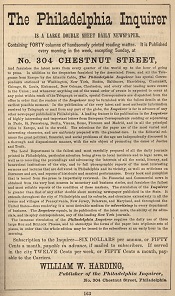
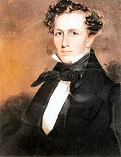
1829 On Jan. 19 Andrew Jackson leaves for Washington, D.C. on the steamboat Pennsylvania to assume the presidency. I'll go with Shirley Temple, final answer? Depression can turn you into a person you don't recognize? White, small and wrinkled, or, Sugar Daddy pays all the bills? On Jan. 22 36-y.-o. Sam Houston (1793-1863) and 18-y.-o. sweet young thing Eliza Allen (1811-) (daughter of a well-to-do planter) are married, but in less than 3 mo. something "private" happens to end the marriage and she returns to her parents' home; a week later on Apr. 16 the near-suicidal old man resigns as gov. of Tenn., ruining his chances for the presidency as his friend Jackson's successor, then hops a westward-bound steamboat in Nashville to Little Rock, Ark. on Apr. 23, lands on May 8, then hops another boat to Webber's Falls near the mouth of the Illinois River and moves back in with his Cherokee friends near Ft. Gibson (Muskogee, Okla.) to feel sorry for himself, until one day, seeing an eagle swoop near his head then fly into the setting sun, he sees a vision and decides to go W to Texas, telling a friend that he might "conquer Mexico or Texas, and be worth two millions in two years"; when Jackson hears of this and admonishes him, he pledges to do nothing to "injure, or involve my country"; settling with the Cherokees in Okla., he marries Cherokee widow (comfortable like an old mocassin?) Tiana Rogers and runs a successful trading post called Wigwam Neosho, becoming known as Ootsetee Ardeetahskee (Big Drunk). On Jan. 29 "resurrection man" William Burke (b. 1792) is executed in Edinburgh for serial murder after his partner William Hare (1792-1859) turns states' evidence on their racket of suffocating homeless children to sell to the Edinburgh School of Anatomy, leaving no marks behind; the affair causes the verb "burke" (smother or hush-up) to be coined, and legislation to be passed in 1832 providing medical schools with cadavers - burke you? On Jan. 30 conservative mayor of San Vicente Jose Maria Cornejo Merino y Guevara (1788-1864) succeeds Mariano Prado as pres. of El Salvador, withdrawing it from the Central Am. Federation, causing federal troops under Gen. Francisco Morazan to invade, depose him next Feb. 16, and put Prado back in power. Meanwhile, married white women deal with the issue of morals head-on? In Jan. the marriage of incoming U.S. war secy. (until 1831) John Henry Eaton (1790-1856) of Tenn. to notorious widow Margaret (Peggy) O'Neale Timberlake (1799-1879), daughter of Franklin House in Washington, D.C. causes a brouhaha among the wives of Jackson's other cabinet members, who refuse to receive her socially; Jackson defends Mrs. Eaton, as does new secy. of state Martin Van Buren (who resigned as gov. of New York), who uses the affair to his advantage in his rivalry with John C. Calhoun for Jackson's favor, especially as it is Calhoun's wife Floride who leads the haughty wives. On Feb. 2 after being approved by N.S.W. gov. Sir Ralph Darling last Nov. 4 to explore the Macquarie River region in W New South Wales, India-born British Capt. Charles Napier Sturt (1795-1869) discovers the 915-mi. snaky Darling River while looking for the great inland sea, returning to Wellington Valley on Apr. 21; next Jan. 7 he begins a 2nd journey (ends 1830), descending the Murrumbidgee and River and discovering the 1,558-mi. Murray River (Australia's longest river), following it to its confluence with the Darling River, proving that all W-flowing river flow into it, then following the Murray to its mouth past Lake Alexandrina, discovering a maze of sandbars that are impassable to shipping; after trying to row upstream and running out of supplies, which causes Sturt to go blind, they arrive in Sydney after traveling 2.9km by river. On Feb. 7 the ship Harriet sets out from the U.S. for Liberia with Muslim West African (Guinea) prince Abdul-Rahman (Abdulrahman Ibraham Ibn Sori) (b. 1762), who had been freed after being sold to slave traders in 1778 and enduring decades of slavery in the Am. South, along with 151 other passengers; too bad, he dies on the ship on July 6 - guess he forgot how hard the "from" trip had been? On Feb. 10 Pope (since 1823) Leo XII (b. 1760) dies, and on Mar. 31 Francesco Saviero Castiglione is elected Pope (#253) Pius VIII (1761-1830), continuing with the program of his predecessors. On Feb. 11 eccentric British amateur natural theologian Francis Henry Egerton, 8th Earl of Bridgewater (b. 1756), known for giving dinner parties for dogs dies, leaving £8K to support a series of books "on the power, wisdom, and goodness of God, as manifested in the Creation", which become known as the Bridgewater Treatises; the first is by William Buckland (1784-1856), England's first official academic geologist (later dean of Westminster). In Feb. an invasion of Gran Colombia by Peruvian forces is repulsed, causing Gen. Jose de Lamar to become the fall guy and get deposed on June 7 by a coup led by marshal Agustin (Agustín) Gamarra Messia (1785-1841), fleeing to exile in Costa Rica, while Gamarra becomes pres. #10 of Peru on Sept. 1 (until Dec. 20, 1833, then pres. #14 on Aug. 25, 1838-Nov. 18, 1841). Lucky number seven is the first American John Elway? On Mar. 4 (Wed.) "Old Hickory" (the hardest of woods) Andrew Jackson (1767-1845) of Tenn., AKA "the Hero of New Orleans", "King Andrew the First", "Mischievous Andy", "Sharp Knife" (Creek Indian nickname) becomes the lucky 7th U.S. pres. (until Mar. 4, 1837) in the 11th U.S. Pres. Inauguration in Washington, D.C. (first pres. to be sworn in on the U.S. Capitol steps after he refuses a parade, and the first former POW to be pres. after his 1781 experience); by now he has been involved in 103 duels and altercations, 14 times as principal); John C. Calhoun of S.C. begins his 2nd term as U.S. vice-pres. #7, resigning on Dec. 28, 1832 after 3 years 299 days; First Lady is not Rachel Donelson Robards Jackson (1767-1828), since she dies of a heart attack two weeks after the election on Dec. 22, and is buried on Christmas Eve in her white inauguration gown after 10K attend her funeral; Andy Jackson, wearing black in mourning over his wife delivers his inaugural address before a crowd of 15K-20K (one of the shortest ever), then makes it through them to the White House, but he's the first pres. of the common man, so they follow him right up the steps to the lower floor, smashing china and glassware and destroying furniture in their joy, causing Jackson to sneak out under a human shield while they party on, after which Louis S. Glanzman depicts the unruly mob in his 1970 painting "Andrew Jackson's Inauguration"; Mass.-born politician Amos Kendall (1789-1869) becomes the intellectual force behind his admin., working to transform the U.S. from an agrararian repub. to a capitalist nation; not to waste his new shine, Jackson immediately begins a war on the Second Bank of the U.S. (founded 1816), controlled by Nicholas Biddle, attacking it in his Dec. 8 (written) First Annual Message to Congress, then withdrawing govt. deposits from state banks, causing Daniel Webster to say that he "seeks to influence the poor against the rich"; he also mentions "setting apart an ample district west of the Mississippi" for pesky Injuns; Mo. Sen. Thomas Hart Benton (1782-1858) (great-uncle of the muralist) supports Jackson against the U.S. Bank, earning the title "Old Bullion" by his opposition to the issuance of paper currency - I can say I'm blessed to have been born in the backward 18th cent.? On Mar. 7 after being appointed by Pres. Jackson on Mar. 6, Morris County, N.J.-born, Warren County, Ohio-born U.S. postmaster gen. #6 (since 1823) John McLean (1785-1861) of N.J. becomes U.S. Supreme Court justice #21 (until Apr. 4, 1861) to replace Bushrod Washington (1798-1829) (last 18th cent. appointee to leave), leaving the court at seven members; he goes on to become known as "the politician on the Supreme Court" for his habit of switching from party to party, from Jacksonian dem. to anti-Jacksonian Dem., Anti-Mason, Whig, Free Soil, and finally Repub. On Mar. 11 Ralph Waldo Emerson is ordained as a Congregational minister in Boston, Mass. On Mar. 29 N.J.-born, Ga.-raised, Princeton-educated Jackson Dem. John MacPherson Berrien (1781-1856) becomes U.S. atty. gen. #10 (until June 22, 1831). On Apr. 13 after the threat of civil unrest led by Irish atty. Daniel O'Connell makes home secy. Robert "Orange Peel" Peel and PM the Duke of Wellington to give in, the Roman Catholic Relief (Emancipation) Act is given royal assent, repealing the 1672 Test Act and the Penal Laws resulting from the 1728 Irish Parliament Disenfranchising Act, granting emancipation to Roman Catholics in Britain, calming the Irish down by letting Roman Catholics sit in the British Parliament, although property reqts. (10 pounds instead of 40 shillings) for the counties greatly reduce the number of eligible Irish Catholic voters; the action, thought necessary to avoid a civil war is unpopular with the king and the English public, causing Wellington's admin. to tank; all 15 economists in Parliament vote to allow Roman Catholic MPs; meanwhile the Irish are still pissed off-for having to pay tithes to the Anglican Church in Ireland, forming the Ribbon Society to agitate against Orangemen. On Apr. 26 after Buenos Aires federalist militia chief (wealthy rancher) Juan Manuel de Rosas (1793-1877) leads peasants in a revolt against Gen. Juan Lavalle, he defeats him at the Battle of Puente de Marquez, and Rosas becomes gov. of Buenos Aires Province, becoming one of the first South Am. caudillos, ruling Argentina until 1852. On June 1 (Mon.) stylish poetic aristocratic Tory Henry John Temple, 3rd Viscount Palmerston (1794-1865) AKA Pam, who had remained in obscurity as British secy. of war from 1809-28 gives a brilliant speech in the House of Commons on foreign affairs, establishing his rep. and beginning his rise as he switches to Whig just in time for Lord Grey to make him foreign minister next year, which position he holds off and on until 1851, becoming known as Lord Pumice Stone for his abrasive style, and inventing gunboat diplomacy. On June 1 The Philadelphia Inquirer is founded in Philadelphia, Penn. by John Norvell (1789-1850) and John R. Walker, who sell it in Nov. to Jesper Harding (1799-1865), who merges it with the Daily Courier and obtains the first U.S. rights to several of Charles Dickens' novels incl. "Barnaby Rudge" and "Master Humphrey's Clock" and renames it "The Pennsylvania Inquirer and National Gazette" in 1845 before passing it to his son William White Harding in 1859, who increases circ. from 7K to 70K by 1863 before selling-out to British-born James Ellerson in 1889; the newspaper starts out supporting the Dem. Party then switching to the Whig Party and Repub. Party before going nonpartisan in the 1950s; in 1936-69 it is owned by the Annenberg family, who sells it to Knight Newspapers, by which time it trails its rival the "Philadelphia Evening Bulletin", but in the 1970s new owners hire new eds. and turn it into a top newspaper that wins 20 Pulitzer Prizes, with Time mag. listing it in the top-10 daily newspapers of 1984, becoming the 3rd oldest surviving daily newspaper in the U.S. On June 4 Capt. James Stirling, Thomas Peel et al. found the city of Perth in SW Australia on the Swan River (modern-day pop. 2M), which leads a precarious existence for many years because of insufficient immigration. In June Elvis is in the House, er, Joseph Smith Jr. (1805-44) announces the completion of his lone gunman translation, using the magic Urim and Thummim, of his secret, jealously-guarded heavenly Sun, er, golden recordings, er, plates that he allegedly dug up near his farm in Sept. 1827 into what he titles The Book of Mormon (Mohican?); his daddy Col. Parker, er, Joseph Smith Sr. (1771-1840) and seven other real unbiased and reliable backwoodsmen sign the Testimony of the Eight Witnesses, claiming to see and handle the magic plates (which are later conveniently taken away by an angel), proving their existence to umpteen million morons over the next ? cents., when the crazy quilt cult folds its tent?; meanwhile Joseph's mommy Lucy Mack Smith (1775-1856) backs her son all the way, becoming the original Elvis mom as he seduces, er, lawfully and devoutly marries 28 wives?; the life and works of Joseph Smith are a copycat of Islam and Muhammad? In July British (Cornish) inventor Sir Goldsworthy Gurney (1793-1875) tests his Goldsworthy Gurney Steam Carriage from London to Bath and back, averaging 14 mph; after passengers are reluctant to use it for fear of the scary steam boiler, he invents the Gurney Steam Drag, a harness to tether the carriage to the engine; too bad, he sends one by sea to Leith and it is damaged in transit, later blowing up and injuring two, ruining his biz; later, when lt. col. Sir Charles Dance tries to use his carriages to set up a regular service between Cheltenham and Gloucester, jealous horse coach proprietors get Parliament in 1831 to pass a special heavy £2 toll on steam carriages (vs. 2 shillings for theirs), killing it, driving Gurney into bankruptcy in 1831, causing the House of Commons to create a select committee in 1831-5 to convince the public that steam carriages are the best way to go. On Aug. 15-22 the anti-black 1829 Cincinnati Riots in Ohio drive half the black pop. away. On Aug. 16 the Thai-born "Siamese twins" Chang and Eng Bunker (1811-74) arrive in Boston, Mass. from Bangkok on the Sachem (captain Abel Coffin) to be exhibited to the Western world - the beginning of Thailand's rep for kinky sex? On Sept. 29 the Metropolitan Police Act of 1829, introduced by Sir Robert Peel establishes a police force in Greater London (except the City of London), with a centralized London Metropolitan Police Dept. at Four Whitehall Place, the street behind it being Scotland Yard Lane, causing it begin to be called Scotland Yard; the 1K constables are nicknamed Bobbies and Peelers, starting out unpopular but becoming successful at reducing crime, causing all cities in Britian to be directed to form their own police forces in 1835; first in a series of acts, incl. 1839, 1856, 1860, 1861, 1864, 1886, 1887, and 1899; the Nine Peeling Principles of Policing, ethical rules for Bobbies are established, with the motto "The police are the public, and the public are the police" (a fake list compiled ex-post facto by 20th cent. armchair scholars?). In Oct. the Rainhill Trials prove the power and reliability of George Stephenson's Rocket locomotive, and show the potential of passing up the stagecoach as the fastest form of transport when he wins the £500 prize. In Oct. Lyons-born Charles Philipon (1800-61) founds the satirical mag. La Silhouette in Paris (until 1830), the first pub. to feature prints and illustrations, with political satire incl., making Philipon the father of political caricature. On Nov. 26 (Thanksgiving) Presbyterian minister Lyman Beecher (1775-1863) (father of "Uncle Tom's Cabin" author Harriet Beecher Stowe and co-founder of the Am. Bible Society) gives a lecture in Boston, Mass. against atheism "dedicated to the working men of America", resulting in pub. of his anti-atheist Lectures on Political Atheism, lamenting how Scottish freethinker feminist abolitionist Frances "Fanny" Wright (1795-1852) (who lectured in Boston in July-Aug.) had "won over the educated, refined women... and worst of all, women who had been friends to his own children". On Dec. 11 Ferdinand VII (b. 1833) of Spain marries 4th wife Maria Christina of Bourbon (1806-78) of Naples, who becomes queen consort of Spain (until 1833), and has two daughters (infantas), Isabella II (1830-1904) and Maria Luisa Fernanda (1832-97), proving to have leather balls as she fights for her daughter Isabella II to keep the throne despite opposition from the skirt-on-throne-hating Roman Catholic Church and its backers. On Dec. 14 English economist Thomas Attwood (1783-1856) founds the Birmingham Political Union to demand parliamentary reform. Will Russia ever? Only her hairdresser knows for sure While England under PM (1828-30) Wellington wavers, Russian troops in Turkey force a win, capturing the Turkish city of Edirne (Adrianople) (until 1913), ending the War of Greek Independence (begun 1821) and Russo-Turkish War (begun 1828), with the Turkish Porte folding and agreeing to the Treaty of Adrianople (Edirne); the Greeks win independence from the Sick Man Ottoman Empire; Russia secures control of the mouths of the Danube; Ottoman satellites Moldavia and Wallachia (modern-day Romania) become autonomous Russian protectorates under nominal Ottoman control, with the Phanariot system (begun 1711) ended; Russia becomes allies with Greece and unacknowledged suzerain of Moldavia and Wallachia, pissing-off the Euro powers; England loses the friendship of Turkey while losing prestige in Greece, causing liberals in England along with the gen. public to become disgusted with Wellington's admin. Pres. Guerrero of Mexico is overthrown by Gen. Anastasio Bustamante (1780-1853); slavery is abolished in Mexico; too bad, the gringos in Texas want to keep their slaves, giving them an excuse for secession. Manuel Jose Arce is overthrown by the Morazan rev. army. Mahmud Shah Durrani dies, and his son Kamran Shah Durrani (-1842) becomes ruler of Afghanistan in Herat (until 1842). Irish political leader Daniel O'Connell begins efforts to repeal the hated British-Irish Act of Union of 1707. Venezuela withdraws from Gran Colombia and becomes independent. The Dagohoy Rebellion (begun 1744) in the Philippines is finally subdued, and the 19,420 survivors of the rebel mountain hideout are pardoned. A smallpox epidemic in Piedmont and Liguria isn't stopped by widespread vaccinations. Whites discover gold on Cherokee lands and trespass at will, causing the Cherokees go to the U.S. Supreme Court to seek white relief. Tenn. Rep. James K. Polk becomes Andrew Jackson's floor leader in the House in the fight against the National Bank. Sir John Ross (1777-1856) of Scotland and his nephew Sir James Clark Ross (1800-62) begin a voyage in N Canada (ends 1833). The Hindu custom of suttee (Hindu wives being immolated with their dead husbands) is outlawed in some Indian states under British control. The word "towhead" is coined for a blonde-haired person because their hair resembles flax. The word "nightmare" is first used to refer to unfortunate dreams rather than a goblin that comes in the night. Gottfried Duden returns to Germany from the U.S. and pub. a report stimulating the first settlement of Germans W of the Mississippi River, esp. Missouri. Construction begins on Ft. Sumter in Charleston, S.C. harbor. The village of Tijuana (modern-day pop. 1.7M) is founded in Baja Calif. Norte as Rancho Tia Juana (Aunt Jane Ranch); the city is founded on July 11, 1889 - not to be confused with Alta Calif.? The Providence Journal (ProJo) is founded in Providence, R.I. by "Honest" John Miller, later billing itself as "America's oldest daily newspaper in continuous publication" after "The Hartford Courant" (founded 1764) doesn't become a daily until 1837, and "The New York Post" suspends pub. during the newspaper strikes of 1958 and 1978. The first cooperative stores in the U.S. are opened in Philly and New York City. The American Inst. is incorporated in New York City "for the encouragement of agriculture, commerce, manufactures, and the arts", and begins holding annual fairs which are a precursor to the world's fair. The Delaware and Hudson Railroad, operated by gravity opens; plans are in works to add a locomotive. McGill U. is founded in Montreal, Lower Canada on Burnside Place at the foot of Mount Royal, chartered by George IV of Britain and named for Sottish-born Montreal merchant James McGill (1744-1813), who left a bequest in his will. George Stephenson's Bolton and Leigh Railway opens as the first public railway in Lancashire, England to service the coal pits. Sandalwood is disovered in Eromanga in the New Hebrides islands. Fabian Gottlieb Bellinghausen is promoted to vice-adm. for his participation in the military operations at Varna, and placed in command of the Russian Black Sea fleet, later becoming an adm. J.N. Niepce, inventor of the Heliograph teams up with French entrepreneur Louis Daguerre. Baptist Georgetown College is founded in Georgetown, Ky. by the Ky. Gen. Assembly. The fortnightly lit.-political review Revue de Deux Mondes (Review of the Two Worlds) is founded in Paris, France. The Royal Zoological Society of Britain takes over the menagerie at the Tower of London, founding London Zoo at Regent's Park. German naturalist Alexander von Humboldt (1769-1859) travels to the Chinese border. Robert E. Lee graduates #2 in his class at West Point - #2 - the story of his life? French Romantic poet Alphonse de Lamartine (1790-1869) is elected to the Academie Francaise. Polish child prodigy pianist Frederic Chopin (1810-49) debuts in Vienna. German child prodigy Felix Mendelssohn (1809-47) rediscovers J.S. Bach's "St. Matthew Passion" at the Berlin Singakademie 100 years after its first (Good Friday) performance in 1729, and directs the first performance since Bach's death, launching his career as a pianist and conductor. King's College in London is founded by George IV. Tullamore Dew blended Irish whiskey is first manufactured in Tullamore, County Offaly, Ireland. D.G. Yuengling & Son Brewery (originally Eagle Brewery until 1873) is founded in Pottsville, Penn. by Aldingen (near Stuttgart), Germany-born David Gottlieb Jungling (Jüngling) (Yuengling) (1808-77) (Ger. "young man"), surviving Prohibition by producing neer beers and running a dairy, celebrating the end of Prohibition by creating Winner Beer and shipping a truckload to the White House; in 1977 after the 1976 U.S. Bicentennial gives them a sales boost, they acquire Mount Carbon Brewery in 1977; in 1985 it is listed in the Nat. Register of Historic Places as the oldest brewery in the U.S.; in 1987 it introduces amber Yuengling Traditional Lager, which becomes a hit, producing 138K barrels in 1990, 80% of the total, sold in 22 oz. "deece bomber" bottles; the main market is in the Delaware Valley (Penn., S N.J.), New York, Ind., Ky., Ga., Fla., Ala., and Tenn.; in 2011 it ties Boston Beer Co. as the largest Am.-owned brewery (2.8M barrels). Sports: On Mar. 12 the first springtime Oxford and Cambridge Boat Race on "Old Father Thames" is inagurated with a challenge by Cambridge to Oxford, then run at Henley, and Oxford wins; the race is later moved downriver to between Putney and Mortlake, where 8-man crews cover the 4 mi. in under 20 min., and Henley continues to host a summer 1-mi. royal regatta. Architecture: Coney Island House becomes the first hotel on Coney Island, N.Y. Eastern State Penitentiary in Philadelphia, Penn. opens, pioneering the Separate (Penn.) System based on separation of inmates in 4-8 radiating (wagon wheel) wings of prison blocks around a central hall, with prisoners required to wear masks and work inside their cells, known as the Penn. (Separate) System, which becomes influential with other prisons; celeb prisoners incl. Al Capone and Willie Sutton; it closes in 1971. Sultan Mahmud II builds the 190-ft. Mahmudiye, the world's biggest ship, carrying 128 cannon on 3 decks (decommissioned 1875). Inventions: On Jan. 14 James Simpson builds the first 1-acre Sand Filtration Plant for Water in Chelsea, London on the N bank of the Thames River. Louis Braille (1809-52) pub. his invention of 6-dot Braille. William Austin Burt of Detroit, Mich. receives the first U.S. patent on a typewriter. Johann Nikolaus von Dreyse (1787-1867) of Germany invents the breech-loading Needle Gun, which fires much faster than muzzle-loaders. French printer Claude Genoux invents the paper-mache (mashed paper) method of stereotyping. Conn. vegetarian Presbyterian minister Sylvester Graham (1794-1851) invents Graham Crackers (Bread), emphasizing the elimination of that sick white flour that is bleached with horrible chemicals chlorine and alum. Am. physicist John Henry (1797-1878) invents an electromagnetic motor. Sir Charles Wheatstone patents the Concertina. Omnibuses, designed by George Shillibeer (1797-1866) begin operation in London. Josef Ressel, inventor of the ship propeller attains a speed of six knots with his screw-propeller driven speedboat Civetta in Trieste. Science: French scientist Gaspard-Gustave de Coriolis (1780-1843) becomes the first to call the product of force and distance "work", and to point out that it is more convenient to speak of one-half of m times v squared for kinetic energy. German chemist Johann Wolfgang Dobereiner (Döbereiner) (1780-1849) pub. the existence of a simple relationship among the atomic weights of elements having similar properties - he's got the columns but not the rows? Science reaches a new plateau? Belgian physicist Joseph Antoine Ferdinand Plateau (1801-83) discovers Stroboscopic Movement; in 1832 he invents the Phenakistoscope (spindle-viewer), the first moving picture device. Czech physiologist Jan Evangelista Purkinje describes the effects of camphor, opium, belladonna, and turpentine on humans. Geneva-born French mathematician Jacques Charles Francois Sturm (1803-55) of France discovers Sturm's Theorem for finding the number of distinct real roots of a polynomial. Nonfiction: Thomas Carlyle (1795-1881), Signs of the Times. Lydia Maria Child (1802-80), The American Frugal Housewife. Gaspard Gustave Coriolis (1792-1843), Calculation of the Effect of Machines ' (Calcul de l'Effet des Machines); coins the term "work" for force times distance, and gives the formula 1/2 * mv^2 for kinetic energy. Allan Cunningham (1784-1842), Lives of the Most Eminent British Painters, Sculptors, and Architects (6 vols.) (1829-33). Dorothea Dix (1802-87), The Garland of Flora; pub. anon. Francois Marie Charles Fourier (1772-1837), Le Nouveau Monde Industriel et Societaire. Christian Dietrich Grabbe (1801-36), Don Juan and Faust. Godfrey Higgins (1772-1833), An Apology for the Life and Character of the Celebrated Prophet of Arabia Called Mohamed, or the Illustrious - now I know he's nuts? Washington Irving (1783-1859), Chronicle of the Conquest of Granada. Charles Knowlton (1800-58), Elements of Modern Materialism: Inculcating the Idea of a Future State in Which All Will Be More Happy under Whatever Circumstances They May Be Placed Than If They Experienced No Misery in This Life. Nikolai Lobachevsky (1792-1856), Principles of Geometry - nothing like your father's old Euclid? James Mill (1773-1836), Analysis of the Phenomena of the Human Mind; turns his son John Stuart Mill on to psychology. Pellegrino Rossi (1787-1848), Traite de Droit Penal. Robert Southey (1774-1843), Sir Thomas More; or, Colloquies on the Progress and Prospects of Society. Philip Stanhope, 5th earl Stanhope (1805-75), The Life of Belisarius. William Tudor (1779-1830), Gebel Teir; pub. anon.; a satire in which the U.S., U.K., France, Spain, and the Elysian Fields are represented by a council of birds. David Walker (1796-1830), Appeal to the Coloured Citizens of the World; free black activist in Boston, Mass. pub. a pamphlet espousing black nationalism, terrifying slave owners with its appeal to blacks to empower themselves. Music: Vincenzo Bellini (1801-35), La Straniera (opera) (Feb. 14) (La Scala, Milan); Zaira (opera) (May 16) (Teatro Ducale, Parma). Francois Adrien Boieldieu (1775-1834), Les Deux Nuits (comic opera) (Paris). Fromental Halevy (1799-1862), Clari (opera); stars Maria Malibran; Le Dilettante d'Avignon (opera). Heinrich Marschner (1795-1861), Der Templer und die Judin (Jüdin), Op. 60 (The Templar and the Jewess) (opera) (Stadttheater, Leipzig) (Dec. 22); based on Sir Walter Scott's 1819 novel "Ivanhoe"; his biggest hit, with 200+ perf. in Germany by the end of the cent. Gioacchino Rossini (1792-1868), William Tell (Guillaume Tell) (opera) (Salle Le Pelletier, Paris) (Aug. 3); his 39th and last opera at age 37; libretto by Etienne de Jouy and Hippolyte Bis; based on Friedrich Schiller's play "William Tell", set in Lake Lucerne; incl. The William Tell Overture, incl. "March of the Swiss Soldiers" (used as the theme of "The Lone Ranger"). Art: Karl Eduard Blechen (1798-1840), Villa d'Este Park in Tivoli (1829-32); inaugurates landscape realism in German painting. Hokusai (1760-1849), The Great Wave Off Kanagawa (1829-33); #1 in "36 Views of Mount Fuki"; his masterpiece? Sir Edwin Henry Landseer (1802-73), Low Life. J.M.W. Turner (1775-1851), Ulysses Deriding Polyphemus. Plays: Casimir Delavigne (1793-1843), Marino Faliero. Alexandre Dumas pere (1802-70), Henry III and His Court (Henry III et Sa Cour) (Comedie-Francaise); his first big hit; causes his patron the Duke of Orleans (future king) to appoint him librarian of the Palais Royal. Victor Hugo (1802-85), Marion Delorme. John Augustus Stone (1801-34), Metamora; or, The Last of the Wompanoags (Dec. 15) (Park Theater, New York); about heroic King Philip of Pokanoket and the mean Puritans, er, mean King Philip and the heroic Puritans; stars Edwin Forrest; starts a fad for Indian plays, along with the convention for the fake Injun dialect ("a curious mixture of Ossian and the real Indian speech"). Poetry: Anon., Little Tommy Tucker; "Little Tom Tucker sings for his supper/ What shall he eat? White bread and butter/ How will he cut it without any knife?/ How will he be married without any a wife?"; causes the term "Little Tommy Tucker" to be used for orphans. James Hogg (1770-1835), The Shepherd's Calendar. Adam Mickiewicz (1798-1855), Konrad Wallenrod. Thomas Moore (1779-1852), Cash, Corn, Catholics, and Other Matters. August von Platen (1796-1835), Der Romantische Oedipus; disses Heine for his obsession with the Orient, beginning the "Von Platen Affair" as they go at each other in their works. Edgar Allan Poe (1809-49), Al Araaf, Tamerlane, and Other Poems; self-pub.; Sonnet to Science; how Science destroys beauty. Alexander Pushkin (1799-1837), Poltava; about Cossack leader Ivan Mazepa and the 1709 Battle of Poltava. Alfred, Lord Tennyson (1809-92), Timbuctoo. Jose Maria Blanco White (1775-1841), Night and Death (Mysterious Night); "Mysterious Night! When our first parent knew/ Thee, from report divine, and heard thy name,/ Did he not tremble for this lovely Frame/, This glorious canopy of Light and Blue?/ ... If Light can thus deceive, wherefore not Life?" Novels: Edward George Bulwer-Lytton (1803-73), Devereux. Johann Wolfgang von Goethe (1749-1832), Wilhelm Meisters Wanderjahre (Wilhelm Meister's Year of Travel) (2nd vers.). Gerald Griffin (1803-40), The Collegians; middle-class Irish. Victor Hugo (1802-85), Le Dernier Jour d'un Condamne. James Kirke Paulding (1778-1860), Tales of the Good Woman, by a Doubtful Gentleman. Thomas Love Peacock (1785-1866), The Misfortunes of Elphin. Sir Walter Scott (1771-1832), Anne of Geierstein; or, The Maiden of the Mist. Karl Spindler (1796-1855), Der Jesuit. Births: Italian actor Tommaso Salvini (d. 1915) on Jan. 1 in Milan; father of Alessandro Salvini (1861-96); inspires Constantin Stanislvski in 1882. English celeb (Roman Catholic) Sir Roger Charles Doughty Tichborne (d. 1854) on Jan. 5 in Paris; descendant of Sir Benjamin Tichborne, sheriff of Southampton, created baronet in 1621 by James I; his crazy momma starts the celebrated Arthur Orton (1834-98) affair. Anglo-Irish "Society" dramatist Thomas William Robertson (d. 1871) on Jan. 9 in Newark-upon-Trent, Nottinghamshire. English Salvation Army co-founder ("Mother of the Salvation Army") Catherine Mumford Booth (d. 1890) on Jan. 17 in Ashbourne, Derbyshire; wife (1855-) of William Booth (1829-1912). Swedish king (1872-1907) and Norwegian king (1872-1905) Oscar II (d. 1907) on Jan. 21 in Stockholm; 3rd son of Oscar I (1799-1859) and Josephine of Leuchtenberg; maternal descendant of Gustav I (1496-1560); brother of Charles XV (1826-72); father of Gustav V (1858-1950). Swiss botanist Simon Schwendener (d. 1919) on Feb. 10 in Buchs, St. Gallen; educated at the U. of Zurich. Am. physician-writer Silas Weir Mitchell (d. 1914) on Feb. 15 in Philadelphia, Penn.; educated at the U. of Penn. Am. historian Ephraim Whitman Gurney (d. 1886) on Feb. 18 in Boston, Mass.; educated at Harvard U. Am. "Our American Cousin", "Rip Van Winkle" stage actor and landscape painter Joseph Jefferson (d. 1905) on Feb. 20 in Philadelphia, Penn.; 4th-gen. actor; makes first stage appearance at age 3 as Cora's child in August von Kotzebue's "Pizarro". French Wallace Fountains sculptor Charles-Auguste Labourg (d. 1906) on Feb. 20 in Nantes; student of Francois Rude. Scottish politician-writer (gov. of Madras in 1881-6) Sir Mountstuart Elphinstone "M.E." Grant Duff (d. 1906) on Feb. 21 in Eden, Aberdeenshire; son of James Grant Duff (1789-1858); educated at Balliol College, Oxford U. Am. politician and Union Civil War Gen. Carl Schurz (d. 1906) on Mar. 2 in Liblar (Erfstadt) (near Cologne), Germany; emigrates to the U.S. in 1852; first German-Am. to enter the U.SSenate (R-Mo.) (1869-75). English "History of the Great Civil War" historian Samuel Rawson Gardiner (d. 1902) on Mar. 4 near Alresford, Hants; educated at Winchester College, and Christ Church, Oxford U.; descendant of Oliver Cromwell and Henry Ireton. Am. entrepreneur George Francis Train (d. 1904) on Mar. 24 in Boston, Mass. French Provencal Felibrige poet Theodore Aubanel (d. 1886) on Mar. 26 in Avignon. Canadian theologian (Congregationalist-turned-Anglican) Rev. William Robinson Clark (d. 1912) on Mar. 26 in Daviot, Averdeenshire, Scotland; educated at King's College, Aberdeen, and Magdalen Hall, Oxford U.; emigrates to Canada in 1882. Am. atty.-politician and Union Col. Sullivan A. Ballou (d. 1861) on Mar. 28 in Smithfield, R.I.; French Huguenot immigrant parents; educated at Phillips Academy. English Methodist Salvation Army founder (1865) "General" William Booth (d. 1912) on Apr. 10 in Sneinton, Nottingham; husband (1855-) of Catherine Mumford Booth (1829-90); father of VOA founder Ballington Booth (1858-1940), and Evangeline Cory Booth (1865-1950). Austrian surgeon Albert Christian Theodor Billroth (d. 1894) on Apr. 26 in Bergen, Riigen; of Swedish descent. German-Austrian geologist Christian Gottlieb Ferdinand Ritter von Hochstetter (d. 1884) on Apr. 30 in Esslingen, Wurttemberg; son of Christian Ferdinand Friedrich Hochstetter (1787-1860); educated at the U. of Tubingen. Brazilian Romantic novelist-dramatist-lawyer Jose Martiniano de Alencar (d. 1877) (AKA Erasmo) on May 1 in Fortaleza. English Pre-Raphaelite painter Anthony Frederick Augustus Sandys (d. 1904) on May 1 in Norwich. Am. pianist-composer (Jewish) Louis Moreau Gottschalk (d. 1869) on May 8 in New Orleans, La.; English Jewish father, white Haitian Creole mother. English Pre-Raphailite painter Sir John Everett Millais (d. 1896) on June 8 in Southampton; created baronet in 1885; husband of Euphemia "Effie" Gray (1855-). Am. pandiculating Chiricahua Apache Indian medicine man and leader Geronimo (Goyathlay) ("he who yawns") (d. 1909) on June 16 in Arizpe, Sonora, Mexico near Turkey Creek, Ariz.; father is Tablishim, mother is Juana, both of the Bedonkohe band of Apaches; gets the name Geronimo from Spanish soldiers crying "San Geronimo" (St. Jerome) in anguish? Am. businessman William Backhouse Astor Jr. (d. 1892) on July 12; younger son of William Backhouse Astor Sr. (1792-1875); brother of John Jacob Astor III (1822-90); grandson of John Jacob Astor; educated at Columbia College; husband (1853-) of "the Mrs. Astor" Caroline Webster Schermerhorn Astor (1830-1908); father of John Jacob Astor IV (1864-1912). English archbishop of Canterbury (1882-96) Edward White Benson (d. 1896) on July 14 near Birmingham; educated at Trinity College, Cambridge U.; father of Arthur Christopher Benson (1862-1925). U.S. Rep. (R-R.I) (1881-5) and Sen. (1885-9) Jonathan Chace (d. 1917) on July 22 in Fall River, Mass. Am. combine inventor and Methodist Chautauqua co-founder Lewis Miller (d. 1899) on July 24 in Ohio. Belgian PM #14 (1884-94) (Roman Catholic) Auguste Marie Francois Beernaert (d. 1912) on July 26 in Ostend. Am. Civil War Union gen. and U.S. Rep. (R-Ohio) Thomas Ewing Jr. (d. 1896) on Aug. 7 in Lancaster, Ohio; son of Thomas Ewing Sr. (1789-1871); brother of Charles Ewing (1835-93) and Hugh Boyle Ewing (1826-1905); brother-in-law of William Tecumseh Sherman; educated at Brown U. Am. sheriff William J. Brady (d. 1878) on Aug. 16 in Breifne, Ireland; emigrates to the U.S. in 1849. Am. "By Dawn's Early Light" painter Edward Moran (d. 1901) on Aug. 19 in Bolton, Lancashire, England; emigrates to the U.S. in 1844. German mathematician (Jewish) Moritz Benedikt Cantor (d. 1920) on Aug. 23 in Mannheim; parents emigrated from Portugal; educated at the U. of Heidelberg. Am. abolitionist physician Maria Elizabeth Zakrzewska (d. 1902) on Sept. 6 in Berlin, Germany; of Polish descent; emigrates to the U.S. in 1853. German organic chemist Friedrich August Kekule (Kekulé) von Stradonitz (d. 1896) on Sept. 7 in Darmstadt, Hesse; educated at the U. of Giessen; student of Justus von Liebig (1803-73); originator of the concept of the tetravalent carbon bond and the ring structure of benzene. German "Hafiz at the Fountain" classicist painter Anselm Friedrich Feuerbach (d. 1880) on Sept. 12 in Speyer, Bavaria; son of Joseph Anselm Feuerbach; grandson of Paul Johann Anselm Ritter von Feuerbach (1775-1833). Am. "The Gilded Age" novelist-essayist Charles Dudley Warner (d. 1900) on Sept. 12 in Plainfield, Mass.; of Puritan ancestry; educated at Hamilton College, and U. of Penn. Madagascar king (1861-3) Radama II (d. 1863) on Sept. 23 in Antananarivo; son of Ranavalona I. English Pre-Raphaelite Brotherhood writer-critic William Michael Rossetti (d. 1919) on Sept. 25 in London; son of Gabriele Rossetti (1783-1854); brother of Maria Rossetti (1827-76), Dante Gabriel Rossetti (1828-82), and Christina Georgina Rossetti (1830-94). Am. "Cupid's Yokes" anarchist-abolitionist-feminist-freethinker Ezra Hervey Heywood (d. 1893) on Sept. 29. U.S. Repub. pres. #21 (1885) and vice-pres. #20 (1881-5) Chester Alan Arthur (d. 1886) on Oct. 5 in Fairfield, Vt.; son of a traveling minister; graduates from New York's Union College at age 18. Am. astronomer (1877 discoverer of Deimos and Phobos) Asaph Hall (d. 1907) on Oct. 15 in Goshen, Conn. U.S. Sen. (R-N.Y.) (1867-81) Roscoe "Lord" Conkling (d. 1888) on Oct. 30 in Albany, N.Y. Am. Gen. Mills co-founder John Crosby (d. 1888) on Nov. 1 in Hampden, Maine. Am. "Recollections of a Rogue" writer-painter-soldier (Glanton Gang member) Samuel E. Chamberlain (d. 1908) on Nov. 27 in Center Harbor, N.H.; grows up in Boston, Mass. Russian composer-conductor-pianist (Jewish) (rival of Franz Liszt) Anton Grigorevich Rubinstein (d. 1894) on Nov. 28 in Ofatinti, Moldavia; converts to Greek Orthodox at age 4; his portrait bears a striking resemblance to Ludwig von Beethoven?; brother of Nikolai Rubinstein (1835-81). Am. "When Johnny Comes Marching Home" composer-bandmaster Patrick Sarsfield Gilmore (d. 1892) on Dec. 25 in Gallygar, County Galway, Ireland; emigrates to the U.S. in 1850. Am. "The Impending Crisis of the South" abolitionist writer Hinton Rowan Helper (d. 1909) on Dec. 27 in Rowan (Davie) County, N.C. Am. poet ("Poet Laureate of the Confederacy") Henry Timrod (d. 1867) on Dec. 28 in Charleston, S.C.; of German parentage (Dimroth); friend of Paul Hamilton Hayne (1830-86). English 7'6" giant Arthur Caley (d. 1853) in Sulby. Dutch poet-clergyman Petrus Augustus de Genestet (d. 1861) in Amsterdam. English "Piccadilly" novelist-writer Laurence Oliphant (d. 1888); son of Sir Anthony Oliphant (1793-1859). Hungarian playwright Karoly Szasz (Károly Szász) (d. 1905) in Nagyenyed. Italian philologist (Jewish) Graziadio Isaia Ascoli (d. 1907) in Gorz, Austria; originator of the Substratum Theory. Am. atty.-writer John Phillips Quincy (d. 1910); son of Josiah Quincy IV (1802-82); bugs out of the family tradition by not becoming mayor of Boston? Am. Campbell Soup Co. co-founder Abraham Anderson (d. 1915); partner of Joseph Albert Campbell (1817-1900). Deaths: Am. colonialist lawyer Daniel Leonard (Massachusettensis) (b. 1740) on June 27 in London, England; dies after revealing his identity in 1821. French naturalist Jean-Baptiste de Lamarck (b. 1744) on Dec. 18 in Paris. U.S. Supreme Court chief justice #1 (1789-95) John Jay (b. 1745) on May 17 in Bedford, N.Y. Am. statesman Timothy Pickering (b. 1745) on Jan. 29 in Salem, Mass. Am. Rev. War gen. Peleg Wadsworth (b. 1748) on July 18 in Hiram, Maine. French Creole fur trader Rene Auguste Chouteau Jr. (b. 1749) on Feb. 24 in St. Louis, Mo. Am. Rev. War Gen. and U.S. war secy. (1801-9) Henry Dearborn (b. 1751) on June 6 in Roxbury, Mass.; namesake of Dearborn, Mich., and Ft. Dearborn, Ill. German Romantic painter Johann Heinrich Wilhelm Tischbein (b. 1751) on Feb. 26 in Eutin. Czech philologist Josef Dobrovsky (b. 1753) on Jan. 6 in Brno. French politician Paul Barras (b. 1755) on Jan. 29. Spanish adm. Baltasar Hidalgo de Cisneros (b. 1756) on June 9 in Cartagena. Polish actor-playwright Wojciech Boguslawski (b. 1759). U.S. Supreme Court justice #11 (1798-1829) Bushrod Washington (b. 1762) on Nov. 6 in Philadelphia, Penn. English chemist James Smithson (b. 1765); bequeathes £100K to the U.S. to found an institution "for the increase and diffusion of knowledge", leading to the 1846 Smithsonian Institution. British gen. Sir Henry Clinton (Jr.) (b. 1771) on Dec. 11. Russian gen. Nikolai Raevsky (b. 1771) on Sept. 16 in Kiev. German philosopher-critic Friedrich von Schlegel (b. 1772) on Jan. 12 in Dresden. English scientist Thomas Young (b. 1773) on May 10 in London. English chemist Sir Humphry Davy (b. 1778) on May 29 in Geneva, Switzerland (laughing gas OD?). English portraitist George Dawe (b. 1781) on Oct. 15 in Kentish Town. Italian guitar virtuoso Mauro Giuliani (b. 1781). Irish poet Jeremiah Joseph Callanan (b. 1795). Russian 1-hit wonder playwright-diplomat Alexander Griboedov (b. 1795) on Feb. 11 in Tehran, Iran (killed by an anti-Armenian mob at the Russian embassy); Alexander Pushkin stops the carriage with his mutilated body in Dilijan, Armenia en route to Tiflis, and the Soviets later erect a monument there; to prevent retaliation, the Persian shah presents the Russian tsar with the 88.7 carat yellow Shah Diamond (found in C India in 1450); he is buried in the sacred Mtazminda Cemetery in Tbilisi; his big hit "The Woes of Wit" is first pub. in 1833. Am. atty. (son of J.Q. Adams) George Washington Adams (b. 1801) on Apr. 30 between Providence, R.I. and New York City (suicide); jumps from the Benjamin Franklin; his body washes up on shore on June 13. Norwegian mathematician Niels Henrik Abel (b. 1802) on Apr. 6 - the good die young?











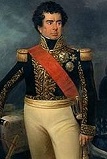

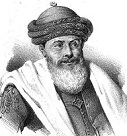









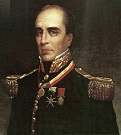




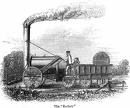














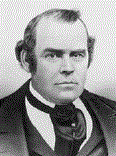

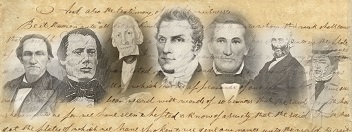




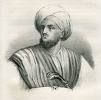






















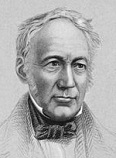
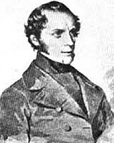
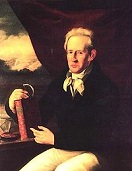






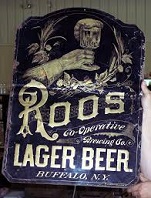
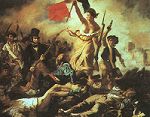

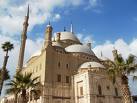
1830 Pop. of Great Britain: 13.9M. The Fifth (5th) U.S. Census reports a total pop. of 12,866,020 (7.4 per sq. mi.); New York City: 197K; this is the decade in which the U.S. passes Britain in pop. There are now 26 steam cars in London; between this year and 1860 1.5M Germans emigrate to the U.S. By this year there are 200 gas plants in Britain. The Revs. of 1830 incl. "Romantic nationalist" revs. in Belgium and Netherlands, more revs. in Poland and Switzerland, and the July Rev. in France. On Jan. 6 Yale-educated middle-of-the-roader (epileptic) Henry Baldwin (1780-1844) of Penn. (who finds slavery morally repugnant but legal) becomes the 21st U.S. Supreme Court justice (until Apr. 21, 1844), giving it eight members again; in 1832 a seizure leaves him a little deranged, and he becomes the first justice to pub. his dissenting opinions, later becoming the lone dissenting vote in the Amistad case. On Jan. 19-27 the Hayne-Webster Debate in the U.S. Senate before Senate pres. John C. Calhoun sees newlywed (2nd marriage) U.S. Sen. (Whig-Mass.) (1827-41) Daniel Webster (1782-1852) triumphantly debate with U.S. Sen. (D-S.C.) (1823-32) Robert Young Hayne (1791-1839) over protectionist tariffs, turning into a debate over the States' Rights doctrine, causing Webster, who takes the anti side to become the Cicero of America and the #1 spokesman for the Union with "the most eloquent speech ever delivered in Congress" on Jan. 26, with the immortal phrases that the U.S. govt was "made for the people, made by the people, and answerable to the people", and "Liberty and Union, now and forever, one and inseparable", which are later copied by Pres. Lincoln in his Nov. 19, 1863 Gettysburg Address; "This government, Sir, is the independent offspring of the popular will. It is not the creature of State legislatures; nay, more, if the whole truth must be told, the people brought it into existence, established it, and have hitherto supported it, for the very purpose, amongst others, of imposing certain salutary restraints on State sovereignties"; "When my eyes shall be turned to behold for the last time the Sun in heaven, may I not see him shining on the broken and dishonored fragments of a once glorious Union; on States dissevered, discordant, belligerent; on a land rent with civil feuds, or drenched, it may be, in fraternal blood! Let their last feeble and lingering glance rather behold the glorious ensign of the republic, now known and honored throughout the Earth, still full high advanced, its arms and trophies streaming in the original lustre, not a stripe erased or polluted, nor a single star obscured, bearing for its motto, no such miserable interrogatory as 'What is all this worth?' nor those words of delusion and folly, 'Liberty first and Union afterward'; but everywhere, spread over all the characters of living light, blazing on all its ample folds, as they float over the sea and over the land, and in every wind under the whole heavens, that other sentiment, dear to every true American heart, - Liberty and Union, now and forever, one and inseparable!" On Feb. 3 the London Protocol of 1830, issued by Britain, France, and Russia negates the Greek Repub. and constitution, and declares Greece an autonomous kingdom under their united protection, setting the N frontier just N of the Gulf of Corinth, pissing-off the Greeks and spawning unrest and protests; meanwhile Prince Leopold of Saxe-Coburg, already in line to become king of Belgium, turns down the throne of such a piss-poor country, and Joannes Capodistrias becomes a dictatorial schmuck, causing his assassination next year. On Mar. 26 The Book of Mormon: An Account Written by the Hand of Mormon upon Plates Taken from the Plates of Nephi is pub. by Egbert Bratt "E.B." Grandin (1806-45) of Palmyra, N.Y., with author, er, translator Joseph Smith Jr. uttering the soundbyte: "I told the brethren that the Book of Mormon was the most correct of any book on earth, and the keystone of our religion, and a man would get nearer to God by abiding by its precepts, than by any other book"; too bad, it riles-up the locals, who organize a boycott, causing Grandin to suspend pub. until Martin Harris (1783-1875) sells his farm for $3K to pay him; in Sept. local freethinker Abner Cole (1783-1835) begins pub. the weekly Palmyra Reflector on Grandin's press, giving him access to the unbound sheets, allowing him to reprint mocking excerpts until Smith threatens him with a copyright lawsuit; in 1999 a first ed. is sold for $58K, and another in 2007 for $180K. On Mar. 26 the The Book of Mormon: An Account Written by the Hand of Mormon upon Plates Taken from the Plates of Nephi by Joseph Smith Jr. is pub. by Egbert Bratt "E.B." Grandin (1806-45) of Palmyra, N.Y.; too bad, it riles-up the locals, who organize a boycott, causing Grandin to suspend pub. until Martin Harris (1783-1875) sells his farm for $3K to pay him; in Sept. local freethinker Abner Cole (1783-1835) begins pub. the weekly Palmyra Reflector on Grandin's press, giving him access to the unbound sheets, allowing him to reprint mocking excerpts until Smith threatens him with a copyright lawsuit; in 1999 a first ed. is sold for $58K, and another in 2007 for $180K. All New Ugly Betty and Gray's Anatomy on French TV? On Apr. 1 La Silhouette pub. a satirical woodcut of reactionary king (since 1824) Charles X (1757-1836), which slips by censors, causing a firestorm of controversy and getting the editor 6 mo. and a 1K franc fine, although the artist Charles Philipon slides by; to get by censors, the mag. begins pub. innocuous prints with loaded political commentary; finally, on July 25 Charles X issues the Fatal Decrees, suspending freedom of the press, leading to the July Monarchy (Rev.) (2nd French Rev.) (Trois Glorieuses) in Paris on July 26-29, which causes him to abdicate within three days and flee for England; on Aug. 2 French dauphin (since 1824) (last) Louis Antoine, Duc d'Angouleme (eldest son of Louis XVI's youngest brother the Comte d'Artois and Princess Marie Therese of Savoy) becomes king Louis XIX (1775-1844) at Rambouillet after Charles X signs his act of abdication, and 20 min. later he signs his own act of abdication (shortest-reigning monarch on record until ?), turning his crown over to the Bourbon line's last hope, Henri of Artois, Duc de Bordeaux, Comte de Chambord (Henri V) (1820-83) (who injured his foot falling from a horse in Austria, causing him to walk with a limp), who lasts until Aug. 9, when the nat. assembly deposes him and he goes into exile with his grandfather Charles X and mother the Duchess of Berry in Venice, beginning long lame negotiations to regain the French throne; oh yes, Marie Therese Charlotte (1778-1851), the first-squirt daughter of Louis XVI and Marie Antoinette became queen of France for 20 min. too; meanwhile Casimir Delavigne and Daniel Auber compose the song La Parisienne, which becomes almost as popular as the Marseillaise, and follow it up with La Varsovienne for the Poles; liberal leader Francois-Rene de Chateaubriand refuses to swear allegiance to Louis-Philippe, ending his political career, causing him to withdraw from public life and begin writing his memoirs, which become his most famous work after his death. We all have internal plumbing, but for some of us it can be a problem? Most of them pesky Injuns is exterminated, and whites are breeding like rabbits, so it's time for a new homegrown American prophet who sanctifies the breeding of white rabbits, with himself as the new Abraham? On Apr. 6 the Church of Jesus Christ of Latter-day Saints (originally the Church of Christ until May 1834, then the Church of the Latter Day Saints until Apr. 26, 1838) is founded in Fayette, N.Y. by six men led by studly white Joseph Smith Jr. (1805-44) (whose portrait bears a striking resemblance to Elvis Presley (1935-77)?) with the pub. of his allegedly lost and refound true history book titled The Book of Mormon, with a preface containing the solemn, foolproof Testimony of the Three Witnesses on June 28, 1829, incl. David Whitmer (1805-88), Martin Harris (1783-1875), and Oliver H.P. (Hervy Pliny?) Cowdery (1806-50) (the first baptized Mormon, who is named the Second Elder, then ordained as Smith's "assistant-president" on Dec. 5, 1834), who each have a separate vision of the angel presenting the gold plates to them on a table (but don't actually see them in real life?), signing a statement that incl. the soundbyte: "And we declare with words of soberness, than an angel of God came down from heaven, and he brought and laid before our eyes, that we beheld and saw the plates, and the engravings thereon; and we know that it is by the grace of God the Father, and our Lord Jesus Christ, that we beheld and bear record that these things are true"; Harris issues a prophecy that "[Andrew] Jackson would be the last president that we would have; and that all persons who did not embrace Mormonism in two years' time would be stricken off the face of the earth", adding that Palmyra, N.Y.. will be the New Jerusalem, with streets paved with gold; the preface also contains the Testimony of the Eight Witnesses that they personally saw and handled Smith's gold pates, incl. four sons of Peter Whitmer Sr. (1773-1854), incl. Christian Whitmer (1798-1835), Jacob Whitmer (1800-56), John Whitmer (1802-78), and Peter Whitmer Jr. (1809-36), and Hiram Page (1800-52), brother-in-law of 5th brother David Whitmer (1805-88) ("I could not feel more satisfied and at rest if the entire Whitmer family had testified" - Mark Twain), and three Smiths, incl. brothers Hyrum Smith (1800-44) and Samuel Harrison Smith (1808-44), and daddy Joseph Smith Sr. (1771-1840), who is baptized on Apr. 6, causing Smith Jr. to utter the soundbyte: "Oh my God, I have lived to see my father baptized into the true church of Jesus Christ"); the statement signed by the Eight Witnesses reads: "Be it known unto all nations, kindreds, tongues, and people, unto whom this work shall come: That Joseph Smith, Jun., the translator of this work, has shewn unto us the plates of which hath been spoken, which have the appearance of gold; and as many of the leaves as the said Smith has translated we did handle with our hands; and we also saw the engravings thereon, all of which has the appearance of ancient work, and of curious workmanship. And this we bear record with words of soberness, that the said Smith has shewn unto us, for we have seen and hefted, and know of a surety that the said Smith has got the plates of which we have spoken. And we give our names unto the world, to witness unto the world that which we have seen. And we lie not, God bearing witness of it"; the entire Whitmer family joins the LDS Church, with their Whitmer Log House in Fayette, where Joseph Smith Jr. and his wife Emma lived for 6 mo. in 1829 becoming the first HQ of the LDS Church; in Aug. Hiram Page is discovered by Joseph Smith Jr. to be using a black seerstone to receive revelations for the LDS Church, claiming to receive details of the org. and location of Zion, pissing-off Smith, who receives a revelation at a church conference in Sept. to send Oliver Cowdery to him to tell him that his revelations are of the devil, getting the conference to vote unanimously that Smith is the church's sole revelator, after which Page burns his revelations and grings the stone to powder; sole revelator Smith announces that the Second Coming of Christ will be near the town of Independence in Jackson County, Mo., which is the land of their inheritance despite others ("your enemies") now holding the land, causing immigrants to begin arriving next year; Mormonism owes everything to the magic gold plates which Smith allegedly dug up, translated, then decided to give back before anybody (except 11) can see them, detailing how the ancient Jews under Nephi (who is white?) sailed to America and brought the Old Testament with them, after which they were visited by Ivory-Soap-white Jesus Christ before the sinful and unbelieving Indians crushed them and reverted to devil worship, getting turned dark (red) as a judgment from God, and all in 15 books with uncool lame names such as Nephi, Enos, Jarom, Omni, Mosiah, Alma, Helaman, Mormon, Ether and Moroni, full of lame stale King James style language, replete with mistakes in the correct usage of thee, thou, thine, etc.? - all without knowing a word of Hebrew or Aramaic, nyuk nyuk? On Apr. 7 Capt. Joseph White (b. 1748) is found murdered in his home in Salem, Mass., and when nobody can solve it, Daniel Webster (after returning from the Senate, which adjourns its first session on May 31) takes it on, and in Aug. secures the conviction of Frank Knapp, followed in Nov. by his brother Joe Knapp, who did it for the old fart's inheritance. On Apr. 13 Pres. Andrew Jackson gives a toast at the annual Thomas Jefferson birthday dinner, opposing the nullifiers of S.C., with the soundbyte: "Our Federal Union, it must be preserved." On Apr. 17 conservative Gen. Joaquin Prieto defeats liberal gen. Freire at the Battle of Lircay, ending the Chilean Civil War of 1828, causing the nat. congress to confirm Prieto as pres. next Sept. 18 (until Sept. 18, 1841), with Diego Portales as vice-pres. He freed a lot of people but the good die young? A little unstable around the middle are we? On Apr. 27 Simon Bolivar (b. 1783) relinquishes power after failing to pacify the separatist factions, then dies on Dec. 17 after liberating six countries and seeing his rule challenged all over Greater (Grand) Colombia; on May 6 Venezuela dissolves Greater Colombia, secedes, and sets up a repub. under dictator gen. Jose Antonio Paez Herrera (1790-1873), who has himself elected pres. (until 1846), and whose govt. slides into decades of revolt, dictatorship, and corruption; Ecuador follows suit and declares independence from Spain with British backing, proclaiming a new 1830 Ecuadorian Constitution giving the vote only to men with education and property, and declaring all Indios wardens of the Roman Catholic clergy; Ecuador goes on to have 48 presidentes and 18 constitutions during its first 131 years as a repub.; poor widowed Colombia suffers an economic collapse, causing a military coup in May led by gen. Rafael Jose Urdaneta y Faria (1788-1845), whho becomes pres. #4 of Gran Colombia on Sept. 5 (until Apr. 30, 1831). On May 3 Sir Robert Peel, 1st Baronet (b. 1750) dies, and his son Sir Robert Peel, 2nd Baronet (b. 1788) takes his seat as MP for the family borough of Tamworth. White is right, so you have to move left, or, You're all just nothing, just nothing? On May 28 after efforts are led by U.S. Sen. (Whig-Tenn.) (1825-40) Hugh Lawson White (1773-1840) to pass it, Pres. Andrew Jackson signs the U.S. Indian Removal Act, requiring all native tribes (esp. the Cherokee) to relocate to the "Great American Desert" W of the Mississippi River, appropriating $500K for the purpose; in the summer Pres. Jackson gives the Chickasaw, Cherokee, Choctaw, and Creek tribes a Great White Ultimatum to move to territories across the Mississippi; on Sept. 27 the Treaty of Dancing Rabbit Creek is signed by U.S. rep John R. Coffee (1772-1883) (lifelong friend of Andrew Jackson) and the Choctaw tribe, led by mixed-race (French father) head chief (since Mar. 15) Greenwood LeFlore (Le Fleur) (1800-65), becoming the first removal treaty under the Indian Removal Act, ceding 11M acres E of the Mississippi River to the future state of Miss. in exchange for 15M acres of Indian territory in the future state of Okla., allowing white settlement of the Yazoo River Valley and the founding of the town of Greenwood, Miss. 96 mi. N of Jackson, Miss. and 130 mi. S of Memphis, Tenn.; Choctaw chief Nitikechi calls their 1831 removal a "trail of tears and death"; by 1835 94 removal treaties are negotiated, most under duress, and Jackson announces success. On June 1-9 Joseph Smith Jr. drafts the Articles and Covenants of the Church of Christ in Fayette, N.Y., calling himself and Oliver Cowdery "apostles of Jesus Christ" and "elders of this church", also mentioning the new office of deacon; on June 9 Smith presides over the church's first gen. conference, and performs his first miracle, the exorcism of Newel Knight (1800-47), who later becomes one of the church's first branch presidents; on June 30-July 1 after Martin Harris goes around Palmyra bragging about it, Smith is tried in Colesville, N.Y. for it, and for scrying, but is acquitted, causing a mob to chase them out of Colesville toward Harmony on July 6. On June 12 after stealing excerpts of "Jo Smith's Gold Bible" from the E.B. Grandin Press and pub. them in Jan., the Palmyra Reflector pub. The Book of Pukei by freethinker Abner Cole (1783-1835) (under the alias Obadiah Dogberry Esq.) satiring the Book of Mormon, dissing the treasure-digging activities of Smith and Walters the Magician (Luman Walters), who allegedly carries a Latin trans. of Cicero's Orations and claims it is a record of the Native Ams. and hidden treasure; "The Magician led the rabble unto a dark grove, in a place called Manchester, where after drawing a Magic circle, with a rusty sword, and collecting his motley crew of latter-demallions, within the centre, he sacrificed a Cock (a bird sacred to Minerva) for the purpose of propiciating the prince of spirits"; when they realize he's a fraud, he "took his book, and his rusty sword, and his magic stone, and his stuffed Toad, and all his implements of witchcraft and retired to the mountains near Great Sodus Bay", after which "It came to pass, that when the mantle of Walters the Magician had fallen upon Joseph, sirnamed the prophet, who was the son of Joseph", "I looked, and behold a little old man stood before me, clad, as I supposed, in Egyptian raiment, except his Indian blanket, and moccasins — his beard of silver white, hung far below his knees. On his head was an old fashioned military half cocked hat, such as was worn in the days of the patriarch Moses - his speech was sweeter than molasses, and his words were the reformed Egyptian", telling Joseph that "thou art chosen to interpret the book, which Mormon has written, to wit, the gold Bible", promising to give him a breast plate and "an assistant, even Oliver, the pedagogue." On June 14 after a French armada of 600 ships under Adm. Guy-Victor Duperre (Duperré) (1775-1846) arrives, the French Conquest of Algeria begins when a a force of 34K soldiers under Gen. Louis-Auguste-Victor, Count de Ghaisnes de Bourmont (1773-1846) begins the Invasion of Algiers, landing at Sidi Ferruch (Fredj) 17 mi. W of Algiers, which is met by 19K Ottoman troops, 7K Turkish Janissaries, and 17K Berber Kabyles, who are defeated on June 19 at the Battle of Staoueli (Staouéli); on July 5 the French conquer and occupy the N African city of Algiers, causing Ottoman dey #29 of Algiers (since Mar. 1818) Hussein (Husayn) Dey (1765-1838) to go into exile in Naples, Italy in the French ship Jeanne d'Arc with his family and his personal wealth and harem intact, and the Janissaries to flee to Turkey, ending 313 years of Ottoman rule (since 1671), ending the threat of the Barbary pirates and the perfidy of the Brits who pay them tribute and encourage them to prey on French ships?; too bad, the French loot Algiers of 50M francs of assets while arresting and killing Algerians for arbitrary reasons, turning the Algerian people against them permanently; after the July Rev. Gen. de Bourmont refuses to swear allegiance to Louis Philippe and is sacked from the army; the French Foreign Legion (Legion Etrangere) is founded to help police French colonial possessions in North Africa, esp. Algeria; a person from any nation except France can join and keep their identity secret while serving under French officers; it is disbanded in 1940-5 after they end up being stationed in Calvi, Corsica, and Marseille. On June 26 demented, overstuffed, overindulged king (since Jan. 29, 1820) George IV (b. 1762) dies of a stomach hemorrhage, and his 65-y.-o. brother (3rd son of George III) William IV (1765-1837) ("the Sailor King") is crowned (54th British monarch) (until June 20, 1837); in June a Speech by the Duke of Wellington in Parliament signals that the Tories are not amenable to a reform of the electoral system. On July 26-29 the July Rev. (2nd French Rev) (Trois Glorieuses) in Paris overthrows Bourbon monarch Charles X; on Aug. 9 everybody-get-down Louis Philippe I, Duke of Orleans (1773-1850) (son of Louis Philippe Joseph, duke of Orleans, who was executed in 1793 during the Terror) becomes the "Citizen King" of France (until Feb. 24, 1848) with the support of the Marquis de Lafayette and the chamber of deputies, which proclaims him "king of the French, by the grace of God and the will of the people"; power changes hands from the Bourbon to the Orleans family, and the title of dauphin (begun in 1349) is discontinued; a classic Lord Acton case study, he starts out slow and seemingly incorruptible, holding open court in his family residence of Palais Royal in Paris, but soon becomes the only man in his world as he raises the bar and consolidates his power; meanwhile Charles Philipon, back in biz, founds La Caricature, working with Honore Daumer et al., taking Louis-Philippe on next, portraying his face in the shape of a pear, which catches on. Ahhh, me-time? On Aug. 25 after French tenor Adolphe Nourrit (1802-39) sings the leading role in Daniel Auber's 1828 grand opera La Muette de Portici (The Mute Girl of Portici) (AKA Masianello) at the Theatre de La Monnaie in Brussels, which incl. the new Marseillaise-like anthem Amour Sacre de la Patrie (Sacred Love of the Fatherland), a riot begins, launching the Belgian Rev. of 1830 (ends Aug. 12, 1831) against the Dutch, with workers rioting and attacking the homes of govt. officials, escalating into civil war; on Sept. 23 (a.m.) 6K Dutch troops under Prince Frederick march into Brussels and are surprised by a fusillade of fire; on Sept. 26 after they fail to retake Brussels in bloody street fighting, the liberal bourgeoisie establish a provisional govt. under Charles Latour Rogier (1800-85); on Oct. 4 Roman Catholic Belgium declares independence from Protestant Netherlands, rejecting the artificial union forced on them by the 1815 Congress of Vienna, pissing-off the Dutch, who on Oct. 27 bombard Antwerp, causing British PM Wellington, one of the statesmen responsible for the union to call the London Conference of reps. from Britain, France, Prussia, Austria, and Russia, which arranges an armistice; on Nov. 10 the Belgian nat. congress proclaims a constitutional monarchy and deposes William I, and on Dec. 20 the London Conference recognizes Belgian independence, with the independent duchy of Brabant divided into the Dutch province of Northern Brabant (mainly Flemings) and the Belgian province of Antwerp and Brabant; the nat. congress asks the duke of Nemours (son of Louis-Philippe) to be their first king, but it doesn't work out, and they end up asking Prince Leopold of Saxe-Coburg; meanwhile, seeing a new buffer between the Huns of C Europe and the good guys, new British foreign minister Lord Palmerston sides with France against Russia, Austria, and Prussia on Belgium's side at the London Conference, and war looms; the borders of the province of Liege (Liège) are a copy of the entire country's borders? On Aug. 28 Tom Thumb, built by Peter Cooper (1791-1883), the first U.S.-built steam locomotive to operate on a common-carrier railroad goes on a trial run between Baltimore, Md. and Ellicott Mills, and loses a race with a horse-drawn railroad carriage; 2-story Mount Clare Station, the first railroad station in the U.S. is built for it in Baltimore. The first Iron Horses pull open-air cars though tunnels excavated through solid rock? On Sept. 15 spurred by the need to transport cotton, the Liverpool and Manchester Railway (the first British railway to link two populous towns) is officially opened after eight years of planning and construction to a crowd of 500K-1M at both terminals and along the track; Tory PM Duke of Wellington presides over the ceremonies marking what the press calls a "great national undertaking", financed in 1828 with £100K of public funds; inventor George Stephenson (1781-1848) engineers the lead train, Northumbrian, followed by seven others: Phoenix, North Star, Rocket, Dart, Comet, Arrow and Meteor; the trains reach a thrilling speed of 24 mph; liberal Tory MP William Huskisson (b. 1770) is killed by the Rocket after his train Northumbrian stops for water, and he ignores instructions to stay in his carriage, leaving to speak with the Duke of Wellington and is struck, mangling a leg and dying of blood loss, becoming the first railway accident victim. On Sept. 26 after Joseph Smith Jr. receives revelations giving him exclusive authority to receive revelations for the LDS Church and to issue commandments to the church on any subject ("all things unto God are spiritual"), the Second LDS Church Conference is held, and in Oct. the first Mormon Lamanite Mission is sent to preach to the devil-plagued Lamanites (Native Ams.), consisting of Oliver Cowdery and John Whitmer, who convert 130 within three weeks; while passing through Kirtland, Ohio, they convert former Campbellite minister Sidney Rigdon (1793-1876) and 20 members of his Disciples of Christ congregation, followed by hundreds more in the Western Reserve area of Ohio, more than doubling the LDS movement's size, after which Cowdery heads W of the Mississippi River and Rigdon heads to Fayette, N.Y.; meanwhile in Oct. Burlington, N.Y.-born Disciples of Christ minister Parley Parker Pratt Sr. (1807-57), who was converted by reading the Book of Mormon, and was baptized on Sept. 1 by Oliver Cowdery in Seneca Lake then baptizes his brother Orson Pratt Sr. (1811-81) on Sept. 19 arrives in Fayette, N.Y. and meets Joseph Smith Jr., getting permission to join the mission; after being converted by Pratt, converting Sidney Rigdon (1793-1876) and 130 members of his congregation within three weeks, after which Rigdon arrives in Fayette in Dec., and Smith compares him to John the Baptist and makes him his new scribe, dictating the lost Prophecy of Enoch before receiving a revelation in late Dec. that the church HQ must be moved to Kirtland to await Cowdery's return; Pratt goes on to become one of the first members of the Quorum of the Twelve Apostles in 1835, becoming known as "the Apostle Paul of Mormonism" for his leadership of the Quorum's successful mission to Great Britain in 1839-41; after being murdered in Alma, Ark. ("Spinach Capital of the World") on May 13, 1857 by the estranged husband of his 12th wife, he leaves 30 children, which multiply to 30K-50K by 2011, becoming the great-great-grandfather of Mitt Romney and great-great-great-grandfather of Utah Gov. Jon Huntsman Jr; thus the Latter Day Saint Movement is founded; Mormo is a name for the god of the living dead, and "Mormon" means gates of hell in Chinese?; the new cult of Moronism, er, Moroniism, er, Mormonism soon riles up the other Bible-thumping Christian sects with its promotion of a new black-bound ersatz Bible copyrighted by them, and its claim that its people are the true saints and their org. the true Church; even worse, the doctrine that Jehovah was once a white man and worked his way up to Creator, and that this evolutionary process can be followed by true believers (white males only), who get to become gods complete with their own planets, with their descendants becoming angels (white, of course), which therefore makes it not only okay but holy for future Jehovahs to marry and bed as many hot white babes as possible and keep them barefoot and pregnant, with manly Elvis J. Smith leading the way with a flock of wives; "What man is God once was; what God is man may become"; the white supremacist racism jumps out in several places, e.g.: "And behold they were as white as the countenance and also the garments of Jesus; and behold the whiteness thereof did exceed all the whiteness, yea, even there could be nothing upon earth so white as the whiteness thereof" (3 Nephi 19:25); "O my brethren, I fear that unless ye shall repent of your sins that their skins will be whiter than yours, when ye shall be brought with them before the throne of God" (Jacob 3:8); maybe it only means white as in pure of heart, duh?; "And he had caused the cursing to come upon them, yea, even a sore cursing, because of their iniquity. For behold, they had hardened their hearts against him, that they had become like unto a flint; wherefore, as they were white, and exceedingly fair and delightsome, that they might not be enticing unto my people the Lord God did cause a skin of blackness to come upon them. And thus said the Lord God: I will cause that they shall be loathsome unto thy people, save they shall repent of their iniquities. And cursed shall be the seed of him that mixeth with their seed; for they all be cursed even with the same cursing... And because of their cursing which was upon them, they did become an idle people, full of mischief and subtlety" (2 Nephi 5:21-24) - a lame attempt at giving divine sanction to white supremacy so that the de-redskinned North Am. continent can be populated by white rabbits, while reconciling the growing gaps between the Bible and Science, trying to cover-up for the the Bible's lack of awareness of the existence of America, and explain the disturbing question of how, if Jesus wanted his gospel to be spread to all nations before he returns, all them red people got saved or deserved to get damned before greedy cross-toting whitey finally stumbled in with paintings of a white Christ in 1492, and even worse, the wrong brand of Christ, the Roman Catholic one, hurry on in now and fill up the vacuum? The real authors of the Book of Mormon are Solomon Spalding (1761-1816), whose unpublished work was taken over and modified by 37-y.-o. history and Bible expert Sidney Rigdon (1793-1876) and perhaps 24-y.-o. schoolteacher Oliver Cowdery (1806-50), with poorly educated but charismatic 25-y.-o. Smith set up as a dummy corporation to launder it as an ancient document dug up on never-seen gold plates?; he really started with a polished ms. first, developed by others who lurked in the background, then pretended to discover the plates and translate them second to launder the authorship while leaving him in control as The Man? He would hide one page at the bottom of his hat along with some metal plates and a fluorescent rock, then take his magic stone and insert it so everybody can see, then duck his head in and peep at the ms. and read it one line at a time until the page was exhausted, then call it quits for the day? In Sept. after the U.S. Navy makes plans to scrap the 44-gun War of 1812 frigate USS Constitution (Old Ironsides) (launched 1797), the Boston Daily Advertiser pub. an editorial calling for it to be saved, after which Oliver Wendell Holmes Sr. pub. the poem Old Ironsides on Sept. 16, causing them to change their minds; it becomes the oldest commissioned ship on Earth still afloat until ?. On Oct. 28 after saving $350 to purchase his freedom and then being told the price had increased to $1K, black slave Rev. Josiah Henson (1789-1883) escapes with his wife and four children from slaveowner "Mr. Amos R." in Daviess County, Ky., rowing aross the Niagara River from Buffalo to Canada, then to the underground railroad mecca of Kent County, Ontario; in 1833 when Canada officially abolishes slavery he settles S of the Sydenham River near Dresden, Ont., and establishes the 200-acre British-Am. Inst. for escaped slaves in 1841; Harriet Beecher Stowe (1811-96) reads The Life of Josiah Henson, Formerly a Slave, Now an Inhabitant of Canada, Narrated by Himself, pub. by the Anti-Slavery Society of Boston, Mass. in 1849, invites Henson to her home in Andover, Mass., and uses him as the basis of her 1852 world-shaking bestseller Uncle Tom's Cabin; or, Life Among the Lonely, which takes on the horrible wave of hate afflicting black-skin-hating whites that turns them into devils. On Oct. 31 (Oct. 18 Old Style) Peter I (b. 1748) dies, and his 17-y.-o. nephew Rade Petrovic becomes Peter II Petrovic-Njegos (1813-51), bishop-prince of Montenegro, the last of the Vladikas Dynasty, getting Peter I canonised as a saint, then going on to unite the seven clans and two hill tribes, oust the Venetian-appointed gov. Vukolaj Radonjic, centralize the govt., institute a senate, abolish blood feuds, open schools, and become known as a great poet on the side; in 1833 he introduces the country's first taxes - like trying to make hillbillies pay whiskey taxes? On Nov. 6 the Republica Oriental del Uruguay is founded, with Montevideo (founded 1726) as capital, and Gen. Jose Fructuoso Rivera y Toscana (1784-1854) as pres. #1 (until Oct. 24, 1834); two parties take turns running the country (into the ground?), the right-wing conservative Partido Nacional (Blancos) (Whites), and the moderate libeal Partido Colorado (Colorados) (Reds); Colorado Rivera is a brilliant military leader but proves an inept political one? On Nov. 8 Francis I (b. 1777) dies, and his son Ferdinand II (1810-59) becomes Bourbon king #4 of the Two Sicilies (until May 22, 1859), going on to try to play both sides by working for reform while remaining attached to the ideals of enlightened despotism; too bad, the romance doesn't last. On Nov. 15 the Duke of Wellington's govt. is defeated in a vote in the House of Commons, and William IV asks Whig leader Charles Grey, 2nd Earl Grey (Viscount Horwick) (1764-1845) to form a new govt., and on Nov 22 he becomes British PM (until July 9, 1834), ending 60 years of Tory control of the Commons, allegedly receiving a gift of Earl Grey Tea from a Chinese mandarin, containing the key ingredient of oil of bergamot (cross between pear lemon and Seville orange); John Charles Spencer, 3rd Earl Spencer (AKA Viscount Althorp) (1782-1845), known for working to improve bankruptcy laws becomes Whig leader of the Commons; the Tories split into the Ultras and the Conservatives (really moderates), the latter group headed (although he refuses to be its leader) by Sir Robert Peel, and using the name conservative to mean that they will consider reforms but still want to conserve all that they believe is best in society; Lord Palmerston becomes foreign minister (until 1841); the magnificent dandies centered around George IV become unfashionable, go bankrupt and flee to Paris to write their memoirs; Scottish MP Henry Peter Brougham is raised to 1st Baron Brougham, and made lord chancellor on Nov. 22 (until Nov. 1834), going on to sponsor abolitionist legislation. On Nov. 22 Snell's Kusnacht Memorial, a liberal constitution is accepted at a public meeting in Zurich, Switzerland, establishing an electoral system giving the countryside two-thirds of the votes and the city one-third. On Nov. 29 the Poles in Warsaw begin the November Uprising (Cadet Rev.) against partition and Russian rule (ends Oct. 21, 1831). On Nov. 30 Pope (since 1829) Pius VIII (b. 1761) dies. On Dec. 4 Jose Maria Conejo becomes pres. of El Salvador again (until Apr. 3, 1832). On Dec. 7 Pres. Andrew Jackson delivers his Second Annual Message to Congress, arguing his right to use the veto at will. On Dec. 7 the first issue of the pro-Jackson Washington Globe, ed. by by Francis Preston Blair Sr. (1791-1876) carries advertisements and is sold by subscription. On Dec. 10 the Deep Freeze of 1830-1 hits NE U.S., incl. Boston, Mass.; "God save the poor" writes Emerson. On Dec. 16 after being hired by former Lexington, Ky. horse trainer Denton Offutt to work at his gen. store in New Salem, Ill., 21-y.-o. Abraham Lincoln helps set the value of a stray mare, and walks several mi. to return change to a customer he overcharged, earning the nickname "Honest Abe" - as the pressure builds, who will remain in the fight for the title, and whose dream will come to an end? Mexican vice-pres. Gen. Bust A Move, er, Anastasio Bustamante (1780-1853) leads a revolt against pres. Mexican pres. Vicente Guerrero, and has him executed, becoming pres. (until 1833). U.S. pres. Andrew Jackson authorizes $100M for public engineering projects incl. roads, railroads and canals for the opening up of the Am. West. The Tithe War (ends 1833) erupts in Ireland over the paying of tithes by Roman Catholics to support the Protestant Anglican Church, with cruelties practised on both sides. Limping silk stocking man Charles Maurice de Talleyrand (1754-1838) becomes Louis Philippe's ambassador in London. Francisco Morazan becomes pres. of the Central Am. Confederation (until 1840). The civil war in Chile causes itinerant commissions of justice to be created to deal with rural banditry (until 1832). Mysore in India becomes a British possession. Ottoman Sultan (1808-39) Mahmud II proclaims Serbia an autonomous vassal state, with Prince (since Nov. 6, 1817) Milos Obrenovic I as hereditary supreme chief; a metropolitanate of Belgrade is established, independent of the patriarch of Constantinople; it takes until 1878 to achieve full independence. Am. Protestants begin setting up Christian missionary schools in the Ottoman Empire, stepping up activity in 1870 and reaching 430 schools in 1914 with 23.5K students; meanwhile the French set up even more schools, with 90K students by 1914 - Muhammad rolls over in his grave? Bog iron deposits are discovered on the St. Joseph River in Mishawaka, Ind., causing the town of St. Joseph Iron Works to be founded next year, which is merged with Indiana City and two other small towns in 1833. Banker-economist Thomas Attwood (1783-1856) founds the Birmingham Political Union to lobby for direct representation in parliament for it and other large towns; after getting the 1832 Reform Act passed in Mar. 1831, he becomes an MP on Dec. 12, 1832 (until 1839). Lit. critic Francis Jeffrey resigns from the Edinburgh Review to become lord advocate, and in 1834 is created Lord Jeffrey and appointed judge of the Court of Session. Harvard grad. Lemuel Shaw (1781-1861) becomes chief justice of the Mass. Supreme Court, going on to write 2K+ majority opinions and settle whole areas of U.S. law; Oliver Wendell Holmes calls him "the greatest magistrate which this country has produced." A law is passed by Ga. requiring whites squatting in Cherokee territory to obtain a license from them first; two New England missionaries refuse and are sentenced to four years hard labor, causing them to appeal to the U.S. Supreme Court. The Waco (Huaco) (Hueco) tribe of Caddoan Indians (located near modern-day Waco, Tex.) are almost wiped out by the wacked-out Cherokees, and the remainder end up in a rez in 1855. Ibadan in Nigeria ("town at the junction of the savannah and the forest") is founded as a military camp (modern pop. 1.7M). The town of Oxford, Miss. is founded, named so as to convince the legislature to make it the home of the U. of Miss. AKA Ole Miss, which it does in 1848; it later becomes William Faulkner's adopted hometown. The pop. of Gibraltar receives a charter of justice assuring civil liberty. The problem of too many gringos flocking into Texas prompts the Mexican govt. to forbid further immigration and move troops to the frontier in a vain attempt to stop the flow of illegal aliens - they should know? After calling W N.Y. the "burned-over district" because of all the revivals, Charles G. Finney preaches in Rochester, N.Y. for 6 mo., ushering in the Great Revival of 1831-2. In summer the first great Rendezvous for mountain men fur traders is held in the summer in Riverton, Wyo. at the confluence of the Big and Little Wind Rivers; in summer 1832 the Rendezvous at Pierre's Hole is held at the W foot of the Teton Mts. in Teton County, Idaho. Warren, Mich. near Detroit is founded as Beeb's Corners, a carriage stop between Detroit, Mich. and Utica, N.Y., becoming home to Big Boy Restaurants and the Cadillac Div. of GM. About this time the word "Hoosier" is first used to refer to inhabitants of Indiana. By this year English thinkers and statesmen begin to lose faith in Britain's imperial mission, and regard the colonies as a burden that should be gotten rid of ASAP, while promoting their welfare until they can assume independence (as long as they do their part to prop up the British empire economically); Edward Gibbon Wakefield (1796-1862) founds a society to promote systematic colonization via emigration of free white colonists to S Australia and New Zealand. The Taj Mahal is sold to a British merchant, who buys wrecking machinery, intending to dismantle and ship it stone by stone to England, but finds it too expensive? The U.S. Postal Service is the country's largest employer, with one post office per 1.5K Americans - the assault rifle still hasn't been invented? Former U.S. pres. J.Q. Adams is elected to the U.S. House of Reps. from Mass. The Royal Geographic Society is founded in London, England. The Museum of Science is founded in Boston, Mass. British (Cornish) explorer Richard Lemon Lander (1804-34) and his brother John explore the Niger River down to the Gulf of Guinea, becoming the first Euros to canoe down the river to its delta - the original meadowlark lemon and the harlem globetrotters? The French Order of St. Michael (founded 1469) is disbanded. Scottish Presbyterian minister Edward Irving (1792-1834), whose Chalcedonian Chapel in London (with 1st cent. Christian doctrines mixed with Roman Catholic rites) has 1K+ members begins preaching that Christ will return in two phases, the first one being a secret rapture before the Antichrist comes, getting accused of heresy in 1833 and forming his Irvingites sect (Holy Catholic and Apostolic Church) before dying prematurely in 1834; his ideas gain a following in the U.S. and England, incl. later the Jehovah's Witnesses. Chile begins exporting nitrates, going from 300 tons this year to 1.5M tons in 1900. The British govt. passes the Beerhouse Act of 1830, allowing small householders to open beershops after paying two guineas for a license, causing hundreds of new cheap brewhouses and breweries to spring up, and the avg. yearly beer consumption to increase from 426M gal. in 1829 to 526M in 1830, causing King William IV to become "the most popular monarch among pub names"; London (pop. 2M) has 12 major porter breweries, providing 85% of the beer consumed in the city, while pale ales esp. from Burton begin gaining in popularity, passing them up by the 1850s; by 1841 45.5K new licenses have been issued; the act is repealed in 1993. The super-rich Rothschild family invests big bucks into a brewery for bottom-fermented beer in Cologne, Germany; too bad, lack of refrigeration causes the brewery to fail, and it is converted to a sugar factory. The weekly newspaper The Barnstable Patriot is founded in Barnstable, Mass., going on to bill itself as "an independent voice since 1830". Early in this decade the Bowery Boys, a loose gang of anti-Irish anti-Roman Catholic nativists based in the Bowery (Five Points) neighborhood of Manhattan, N.Y. (known for wearing stovepipe hats, red shirts, and dark trousers tucked into their boots as homage to volunteer firemen) fights the tide of Irish immigrants, incl. the Dead Rabbits, fighting 200+ battles in 1934-44, incl. the Dead Rabbits Riot of July 4-5, 1857, culminating in an all-out street war during the New York City Draft Riots of July 13-16, 1863, as portrayed in the 2002 Martin Scorsese film "The Gangs of New York". The Ulster Gaelic Society is founded in Northern Ireland, launching the Gaelic Revival. About this time a London merchant receives a letter from a firm in Hawick in SE Scotland offering to sell "tweels", and he misreads it and thinks it's the trade name for cloth from the Tweed River, causing the name "tweed" to be coined. In this decade ladies' fashions in Europe and America get more risque, with shorter skirts, huge sleves, and large hats ornamented with flowers and ribbons; men begin wearing stiff collars. In this decade the U.S. Army builds Ft. Myers in SW Fla. as a base of operations against the pesky Seminoles. In this decade and next New England minister Sylvester Graham (1794-1851), father of the Graham cracker pub. a journal in Boston campaigning against tea, coffee, tobacco, booze, meat, sex, women's corsets, and feather beds, gaining thousands of followers; ironically, Graham crackers are bad for diabetics? Danish ballet master and choreographer August Bournonville (1805-79), son of French ballet master Antoine Bournonville takes over the Royal Danish Ballet. Tours-born Honore (Honoré) de Balzac (1799-1850), known for drinking up to 50 cups of coffee a day for inspiration begins La Comedie (Comédie) Humaine, a plan to write approx. 40 novels with a common theme, pioneering realism, ending up with 91 finished works incl. novels, stories, and essays, and 46 unfinished works. Besancon-born Victor Marie Hugo (1802-85), known for writing in the nude so he can't be tempted to leave home bursts on the French scene with a spectacular output of novels, plays and poetry in his own anti-classical Romantic style, which makes him the #1 guy for three gens. of Frogs. In this decade white blackface comedian Thomas Dartmouth "Daddy" Rice (1808-60) of New York City becomes popular playing Jim Crow and singing the 1828 song Jump, Jim Crow, by Sigmund Romberg, with lyrics by Rida Johnson Young, with the lyrics "Weel about and turn about and do jis so,/ Eb'ry time I weel about I jump Jim Crow", later giving its name to Southern segregation laws. The periodical Godey's Lady's Book is founded in Philadelphia, Penn. (until 1898), becoming the first U.S. women's mag., limited to fashion and etiquette. The Nazarene Brotherhood (founded 1810) is disbanded. English atomic theory man John Dalton becomes one of the eight foreign associates of the French Academy of Sciences, receiving a British govt. pension in 1833. Jacob Roos (-1867) founds the first (2nd or 3rd?) brewery in Buffalo, N.Y.; in 1867 it is taken over by his son George Roos, reaching 20,750 barrels/year in 1888; in 1893 it is acquired by Leonard Burgwerger, who renames it the Iroquois Brewing Co., surviving Prohibition and producing 50K barrels/year in 1952; in Mar. 1955 it merges with Frankenmuth Brewing Co. to form Internat. Breweries Co., with distribution in eight U.S. states incl. Ohio, Mich., and Fla.; it closes in 1971. Architecture: The Glyptothek (Gr. "glyphein" = "to carve" sculpture gallery in Munich, Germany (begun 1816), the earliest special museum bldg., designed by Leo von Klenze (1784-1864) is finished, housing the ancient Greek and Roman sculptures of Bavarian king Ludwig I. The Ottoman-style Great (Alabaster) Mosque of Mohammed Ali in Cairo, built by Mohammed Ali Pasha (Mehmet Ali) is begun (finished 1848). George Stephenson's Canterbury and Whitstable Railway Line in Kent, England opens (until 1953). The carriage road across St. Gotthard's Pass in Switzerland (begun 1820) is finished. Inventions: The first Lawnmower is invented by Edwin Beard Budding of England; it is imported to the U.S. in 1855. English adm. ("the Sea Wolf") Thomas Cochrane, 10th Earl of Dundonald (1775-1860) develops Compressed Air for use in engines - he should think of using it in diving? English optician Joseph Jackson Lister (1786-1869) develops an achromatic lens for microscopes, getting rid of the colored halos surrounding objects and making them effective for the first time, even though it takes decades before skeptics accept microscope evidence as scientific proof. James Perry of England receives a patent for a machine-made steel point pen with a center hole at the top of a central slit plus additional slits on each side; next year William Joseph Gillott stamps the nibs from sheets of rolled medal. Poor French Parisian chemistry student Marc Charles Sauria (1812-95) invents the phosphorus-based Friction Match after changing the sulfur-reeking antimony sulfide of British chemist John Walker with white phosphorus, and the latter patents it for him and puts it into production; by the time of his death 3M of his matches are produced worldwide; too bad, the 1906 Internat. Berne Convention outlaws white phosphorus in 1906 - the Saurian conspiracy? Augustus Siebe (1788-1872) of Germany invents the first Closed Diving Suit, made of rubberized fabric. French tailor Barthelemy (Barthélemy) Thimonnier (1793-1857) patents the first practical Sewing Machine on July 17, using a hook-tipped needle and foot treadle, and receives a contract from the French army to make uniforms; too bad, local tailors fearing for their livelihood burn his plant down and put him out of biz. In this decade Glasgow-born Scottish chemist Andres Ure (1778-1857) invents the bi-metallic Thermostat (Gr. "thermos" + "statos" = hot + stationary). The first Plimsoll (Plimsole) Shoes with canvas upper and rubber sole are sold as beachwear by the Liverpool Rubber (later called Dunlop) Co.; they are called sand shoes until the 1870s; named after the marking between the shoe and sole which resembles the Plimsoll line on a ship's hull marking the legal loading limit. The first elevators are used in factories. Skis are introduced to the U.S. by Scandinavian immigrants to the midwest. Science: Scottish botanist Robert Brown (1773-1858) discovers the cell nucleus in plants, along with Brownian Motion. French naturalists Georges Cuvier (1769-1832) and E. Gouvion Saint-Hillaire discuss the latter's theory of unity of plan in organic composition - which would be better, an oak or an oat? German botanist Johann Friedrich Christian Hessel (1796-1872) proves that crystals can have 37 different kinds of symmetry. French mathematician Adrien-Marie Legendre roves Fermat's Last Theorem for the exponent n=5. German industrialist-scientist Baron Karl von Reichenbach (1788-1869), who founded the first modern metallurical co. in the Black Forest region of S Germany in the 1820s, and runs his own Frankeinstein lab at Reisenberg Castle discovers paraffin, and begins distilling coal and wood tar to see what else he can come up with - mwuhahaha? French chemist Pierre-Jean Robiquet determines the chemical structure of amygdalin (from apricot pits). Swedish chemist Nils Gabriel Sefström (1787-1845) discovers the element Vanadium (#23) (V); in 1801 Spanish-Mexican mineralogist Andres Manuel del Rio Fernandez (1764-1849) (Andrés Manuel del Río Fernández) discovered it and called it erythronium; in ? Friedrich Wohler proves that it is the same as vanadium. Music: Daniel Auber (1782-1871), Fra Diavolo (opera) (Opera-Comique, Paris) (Jan. 28); libretto by Eugene Scribe; based on the life of early 19th cent. Naples bandit Michele Pezza; his biggest hit. Vincenzo Bellini (1801-35), I Capuleti ed i Montechhi (The Capulets and the Montagues) (opera) (Mar. 11) (La Fenice, Venice). Gaetano Donizetti (1797-1848), Anna Bolena (Dec. 26) (Teatro Carcano, Milan); libretto by Felice Romani; about Henry VIII's 2nd wife Anne Boleyn; first of four operas about the English Tudors; his first internat. hit, performed throughout Europe. Jacques Fromental Halevy, Attendre et Courir (opera); La Langue Musicale (opera); Manon Lescaut (ballet). Sarah Josepha Hale (1788-1879), Mary Had a Little Lamb in Philadelphia on Jan. 23; written for Mary Elizabeth Tyler (1806-89) of Sterling, Mass., who had the big experience around 1815; the poem, an authentication letter and a piece of wool from the famed lamb are put up for auction by Sotheby Parke Bernet in New York City in Jan. 1975, but there are no takers? Heinrich Marschner (1795-1861), Des Falkners Braut, Op. 65 (opera). Felix Mendelssohn (1809-47), Songs Without Words (8 vols.) (1830-45); become the most popular pieces for piano. Johann Strauss I (1804-49), Galop de la Carreras, Op. 29a; Tivoli Slide, Op. 39. Nonfiction: Bronson Alcott (1799-1888), Observations on the Principles and Methods of Infant Instruction; how he teaches young children by conversing with them at his Boston school (1828-36). Asher Benjamin (1773-1845), The Practical House Carpenter. Karl Ludwig Borne (1786-1837), Briefe aus Paris (1830-3). George Bush (1796-1859), The Life of Mohammed: Founder of the Religion of Islam, and of the Empire of the Saracens; by a Presbyterian Bible scholar and ancestor of U.S. presidents George H.W. Bush and G.W. Bush; calls Muhammad a "remarkable man" and "irresistibly attractive", and attributes his success to the dismal state of Christianity in his day. William Cobbett (1763-1835), Rural Rides; popular travel book about the English countryside. George Colman the Younger (1762-1836), Random Records (autobio.). Auguste Comte (1798-1857), Cours de Philosophie Positive (6 vols.) (1830-42); Positivism hits the catwalk with the Law of the Three States. Ludwig Feuerbach (1804-72), Gedanken uber Tod und Unsterblichkeit. John Galt (1779-1839), The Life of Lord Byron; first full-length bio. William Martin Leake (1777-1860), Travels in the Morea: With a Map and Plans. Sir Charles Lyell (1797-1875), The Principles of Geology (1830-3); expounds and expands James Hutton's uniformitarian theory, trashes the Bible-based catastrophist position, and flips the ultimate bird at Jehovah by dividing the geological system into Eocene, Miocene, and Pliocene - plumbing is a mercurial mistress? Thomas Robert Malthus (1766-1834), A Summary View of the Principle of Population; takes on critics. Thomas Moore (1779-1852), Life of Lord Byron [1788-1824]. August Friedrich Pott (1802-87), Etymologische Forschungen auf dem Gebiet der Indogermanischen Sprachen (Etymological Researches on the Origins of the Indo-European Language) (1830-6); develops the idea of the Indo-European language group, becoming the #1 work on philology until Franz Bopp's "Comparative Grammar" (1833) - that's right, Pott and Bopp? Thomas Southwood Smith (1788-1861), A Treatise on Fever; links poverty with epidemic fever; becomes the std. authority. Istvan Szechenyi (1791-1860), Credit; calls on Hungarian nobles to give up feudal privileges incl. tax exemption to help modernize Hungary. Richard Whately (1787-1863), On the Errors of Romanism Traced to their Origin in Human Nature. Thomas Whittemore (1800-61), The Modern History of Universalism (2 vols.) (vol. 1 in 1860). Joseph Emerson Worcester (1784-1865), Comprehensive Pronouncing and Explanatory Dictionary of the English Language; pub. a year after his abridgement of former boss Noah Webster's 1828 "American Dictionary of the English Language", sticking to London pronunciation and refusing to simplify spelling, it begins the "Dictionary Wars", becoming the father of collegiate dictionaries. Music: Hector Berlioz (1803-69), Symphonie Fantastique, Op. 14 (An Episode in the Life of the Artist) (Dec.) (Paris Conservatoire); tells of a young, unhappy, suicidal lover (himself) who "poisons himself with opium" in the "depths of despair" of "hopeless love"; Paganini declares him a genius and gives him 20K francs; incl. 1st Movement, 2nd Movement, 3rd Movement, 4th Movement, 5th Movement. Thomas Hastings (1784-1872) of the U.S. composes the music for the hymn Rock of Ages. Art: Jean-Baptiste-Camille Corot (1796-1875), Chartres Cathedral (Cathedrale de Chartres). Eugene Delacroix (1798-1863), Liberty Leading (Guiding) the People. Samuel Palmer (1805-81), Cornfield by Moonlight. John Rubens Smith (1775-1849), West Front of the U.S. Capitol. Plays: Alexandre Dumas pere (1802-70), Christine (Comedie-Francaise). Victor Marie Hugo (1802-85), Hernani (verse tragedy); strained plots, sentimental soap opera, and grandiloquent oratory is topped by the famous "battle" (fist fights) that disrupts the premiere, marking a watershed in the history of the French Romantic movement? James Kirke Paulding (1778-1860), The Lion of the West; satire of Davy Crockett as Nimrod Wildfire; biggest hit on the Am. stage until "Uncle Tom's Cabin". Poetry: Pierre Jean de Beranger, Chanson Nouvelles. Theophile Gautier (1811-72), Premieres Poesies. Heinrich Heine (1797-1856), Reisebilder Dritter Teil; disses August von Platen for his homosexuality. Oliver Wendell Holmes Sr. (1809-94), Old Ironsides (Sept. 16); "Ay, tear her tattered ensign down!/ Long has it waved on high,/ And many an eye has danced to see/ That banner in the sky". Alphonse de Lamartine (1790-1869), Harmonies Poetiques et Religieuses. August von Platen (1796-1835), Die Abbassiden (1830-4); epic fairytale. Johan Ludvig Runeberg (1804-77), Lyric Poems. Alfred, Lord Tennyson (1809-92), Poems, Chiefly Lyrical (debut); incl. Mariana, about an isolated woman lamenting her lack of connection with society and wishing for death; The Kraken ("Far below the thunders of the upper deep;/ Far, far beneath in the abysmal sea/ His ancient, dreamless, uninvaded sleep/ The kraken sleepeth."). Emma Hart Willard (1787-1870), Rocked in the Cradle of the Deep. Novels: Michael Banim (1796-1874), The Denounced; or the Last Baron of Crana. Edward George Bulwer-Lytton (1803-73), Paul Clifford; becomes infamous for its opening line "It was a dark and stormy night; the rain fell in torrents...", later made famous by Snoopy and a U.S. writing contest. John Galt (1779-1839), Lawrie Todd; Southennan (3 vols.). Theodore Edward Hook (1788-1841), Maxwell. G.P.R. James, Richelieu. Charles Nodier (1780-1844), Histoire du Roi de Boheme et de ses Sept Chateaux. James Kirke Paulding (1778-1860), Chronicles of the City of Gotham. Jane Porter (1776-1850) (ed.), Sir Edward Seaward's Diary; written by her brother Dr. William Ogilvie Porter. Seba Smith (1792-1868), The Fictional Letters of Major Jack Downing (1830-). Stendhal (1783-1842), Le Rouge et le Noir: Chronique du XIX Siecle (The Red and the Black: A Chronicle of the 19th Century); title refers to the tension between the clerical and secular interests of the protagonist; brilliant handsome studly Napoleon-worshiping seminary student Julien Sorel rises from his peasant birth in French Restoration society by adopting their code of hypocrisy, until he flies too high and attempts to murder jealous high-born ex-lover Madame de Renal for high-born new lover Mathilde de la Mole, then purposely blows his trial with a speech blaming the class society and threatening a new French Rev.; "He was born in the wrong time and place. He had a noble soul"; "I obeyed conventions I had no respect for. I tried to kill the only woman who will mourn my death." Births: Am. poet ("Unofficial Poet Laureate of the South") Paul Hamilton Hayne (d. 1886) on Jan. 1 in Charleston, S.C.; educated at Charleston College; friend of Henry Timrod (1828-67). Am. Rockefeller Co. co-founder and Fla. tycoon ("Father of Miami, Fla.") Henry Morrison Flagler (d. 1913) on Jan. 2 in Hopewell, N.Y.; born poor; starts out making $5 a mo. at age 14. German-Am. landscape painter Albert Bierstadt (d. 1902) on Jan. 8 in Solingen, Germany; emigrates to the U.S. in 1833. German pianist-conductor Baron Hans Guido von Bulow (Bülow) (d. 1894) on Jan. 8 in Dresden; student of Franz Liszt and Clara Schumann's father Friedrich Wieck; 1st husband (1857-68) of Liszt's daughter Cosima Wagner (1857), who leaves Robert Wagner for him; decides on a music career after hearing the 1850 debut of Richard Wagner's "Lohengrin". Am. Repub. politician James Gillespie Blaine (Gael. "slender") (d. 1893) on Jan. 31 in West Brownsville (near Pittsburgh), Penn.; educated at Washington and Jefferson College; moves to Augusta, Maine in 1854; U.S. Rep. (1863-76), Speaker of the House (1869-76); U.S. Sen. (1876-81). English Conservative PM (1885-6, 1886-92, 1895-1902) Robert Arthur Talbot Gascoyne-Cecil, 3rd Marquess of Salisbury (d. 1903) on Feb. 3 in Hatfield, Hertfordshire; last British PM to sit in the House of Lords, and first British PM of the 20th cent.; educated at Eton College, and Christ Church, Oxford U. Turkish Ottoman sultan #32 (1861-76) Abdul Aziz (Abdulaziz) I (d. 1876) on Feb. 9/18 in Istanbul; 2nd son of Mahmud II (1785-1839); brother of Abdul Mejid I (1823-61). Am. brewer (Freemason) Henry Weinhard (d. 1904) on Feb. 18 in Wurttemberg, Germany; grows up in Lindenbronn; emigrates to the U.S. in 1851. Czech "A Village Novel" novelist Karolina Svetla (Johanna Rottova) (d. 1899) on Feb. 24. Spanish navy capt. and historian Caesare Fernandez (Cesáreo Fernández) Duro (d. 1908) on Feb. 25 in Zamora. Am. physician and anti-abortion activist Horatio Robinson Storer (d. 1922) on Feb. 27 in Boston, Mass.; educated at Harvard U. Irish Celtic scholar Whitley Stokes (d. 1909) on Feb. 28 in Dublin; son of William Stokes (1804-78); grandson of Whitley Stokes (1763-1845); brother of Margaret McNair Stokes (1832-1900); educated at St. Columba's College. Scottish marine zoologist (oceanography pioneer) Sir Charles Wyville Thomson (nee Wyville Thomas Charles Thomson) (d. 1882) on Mar. 5 in Bonsyde, Linlithgow, West Lothian; educated at the U. of Edinburgh; knighted in 1876. English banker-economist (bimetallist) Ernest Julius Seyd (d. 1881) on Mar. 7 in Germany. Portuguese "Ramos de Flores" #1 poet Joao de Deus Ramos (d. 1896) on Mar. 8 in San Bartholomeu des Messines; educated at the U. of Combra. Brazilian mystic religious leader Antonio Conselheiro (Anthony the Counselor) (Antonio Vicente Mendes Maciel) (d. 1897) on Mar. 13 in Wuixeramobim. German "Children of the World" writer (Jewish) Paul Johann Ludwig von Heyse (d. 1914) on Mar. 15 in Berlin. English explorer (Australia) rear adm. John Moresby (d. 1922) on Mar. 15 in Allerford, Somerset; son of Adm. Fairfax Moresby (1786-1877). French geographer-anarchist Jean Jacques Elisee (Élisée) Reclus (d. 1905) on Mar. 15 in Sainte-Foy-la-Grande, Gironde. French "La Cite Antique" historian Numa Denis Fustel de Coulanges (d. 1889) on Mar. 18 in Paris; of Breton descent. Austrian poet Robert Hamerling (d. 1889) on Mar. 24 in Kirchenberg am Waldviertel; member of the student rev. of Vienna in 1848-9. Am. co-founder of Phoenix, Ariz. John W. "Jack" Swilling (d. 1878) on Apr. 1 in Anderson, S.C. English inventor ("Father of the Bicycle Industry") James Starley (d. 1881) on Apr. 21 in Albourne, Sussex; uncle of John Kemp Starley (1854-1901). English naval historian (first) Sir John Knox Laughton (d. 1915) on Apr. 23 in Liverpool; educated at Caius College, Cambridge U.; knighted in 1907. Am. Socialist Wobbly labor organizer ("the Miner's Angel") Mary Harris "Mother" Jones (d. 1930) on May 1 in Cork, Ireland. French Raoult's Law chemist Francois-Marie Raoult (d. 1901) on May 10 in Fournes. Hungarian composer Karl (Carl) Goldmark (d. 1915) on May 18 in Keszthely-am-Plattensee. Am. Pres. Lincoln's bodyguard John Frederick Parker (d. 1890) on May 19 in Winchester, Va. Am. Civil War Union gen. and Repub. Penn. gov. (1879-83) Henry Martyn Hoyt (d. 1892) on June 8 in Kingston, Penn.; grandfather of Elinor Wylie (1885-1928). Polish pianist-teacher Theodor (Theodore) Leschetizky (Leschetitzky) (Teodor Leszetycki) (d. 1915) on June 22 in Lancut (Austrian Poland); leaves in St. Petersburg 1852-78, then Vienna from 1879 - next to lesbian in the dictionary? Am. sculptor John Quincy Adams Ward (d. 1910) on June 29 in Urbana, Ohio; pupil of Henry Kirke Brown. Am. asst. secy. of state #6, #11 (1861-9, 1877-9) Frederick William Seward (d. 1915) on July 8 in Auburn, N.Y.; son of William H. Seward Sr. (1801-72). French "Bather in the Woods" Impressionist-Pointillist anarchist painter Jacob Abraham Camille Pissarro (d. 1903) on July 10 in Charlotte Amalie, St. Thomas, Virgin Islands; Portuguese Sephardic Jewish father, Dominican mother; father of Lucien Pissarro (1863-1944); goes to Paris in 1855 and studies under Jean Corot of the Barbizon School; only painter to have his work displayed in all the Impressionist exhibits - not that he sells many? English London Natural History Museum, Manchester Town Hall Victorian Gothic Revival architect (Quaker) (pioneer in structural ironwork) Alfred Waterhouse (d. 1905) on July 19 in Aigburth, Liverpool; brother of Edwin Waterhouse (1841-1917) and Theodore Waterhouse (1838-91). English "Apu Ollantay" geographer-explorer-writer Sir Clements Robert Markham (d. 1916) on July 20 in Stillingfleet, Yorkshire. Am. Bausch & Lomb co-founder John Jacob Bausch (d. 1926) on July 25 in Wurrtemberg; emigrates to the U.S. in 1849; collaborator of Henry Lomb (1828-1908). Am. painter Francis Bicknell Carpenter (d. 1900) on Aug. 6 in Homer, N.Y. English MP gen. Sir Henry Marshman Havelock-Allan, 1st Baronet (d. 1897) on Aug. 6 in Cawnpore, India; son of Gen. Sir Henry Havelock (1795-1857). Austrian "Emperor Waltz" six-decker Hapsburg emperor (1848-1916) Franz (Francis) (Ferenc) Joseph (Jozsef) (Josef) "Franzl" (d. 1916) on Aug. 18 in Vienna; eldest son of Archduke Franz Karl (1802-78) (younger son of Emperor Franz) and Princess Sophie of Bavaria (1805-72); nephew of Ferdinand I (1793-1875); 2nd-longest Euro reign (68 years) after Prince Johannes II of Liechtenstein (1858-1929) (70 years 3 mo.) and Louis XIV of France (1661-1715) (54 years). U.S. Maj. Gen. George R. Crook (d. 1890) on Sept. 8 near Taylorsville, Ohio. Mexican pres. (1876-80, 1884-1911) Gen. Jose de la Cruz Porfirio Diaz Mori (d. 1915) on Sept. 15 in Oaxaca; of Mixtec, Spanish, and Japanese ancestry. Am. socialite Caroline Webster Schermerhorn "Lina" Astor (d. 1908) on Sept. 22 in New York City; of Dutch descent; wife (1853-) of William Backhouse Astor Jr. (1830-92); lives in a brownstone at 350 5th Ave., future site of the Empire State Bldg.; creates the "List of 400" of elite New York Society; mother of John Jacob Astor IV (1864-1912), who goes down with the Titanic. Am. "The holy lamps of Tibet are primed with Astral Oil" Standard Oil magnate Charles Pratt (d. 1891) on Oct. 2 in Watertown, Mass. Am. automobile engine inventor George Brayton (d. 1892) on Oct. 3 in R.I. Spanish queen (1833-68) Isabella (Isabel) II (d. 1904) on Oct. 10 in Madrid; daughter of Ferdinand VII (1784-1833) and his 4th wife; niece of Don Carlos (1788-1855). Am. suffragist atty.-politician Belva Ann Bennett Lockwood (d. 1917) on Oct. 24 in Royalton, N.Y; educated at Syracuse U.; first woman to practice before the U.S. Supreme Court, and first to be nominated for U.S. pres. Am. Civil War Union gen. Oliver Otis Howard (d. 1909) on Nov. 8 in Leeds, Maine; educated at Bowdoin College, and West Point; co-founder of Howard U and pres. from 1869-74. Am. businessman and Repub. politician ("The Bonanza King of Leadville") ("Silver Dollar Tabor") Horace Austin Warner ("Haw") Tabor (d. 1899) on Nov. 26 in Holland, Vt.; husband (1857-83) of Augusta Pierce Tabor (1833-95), and (1883-99) Elizabeth McCourt "Baby Doe" Tabor (1854-1935). English painter-sculptor (gay?) Frederick Leighton, 1st Baron Leighton (d. 1896) on Dec. 3 in Scarborough, North Riding of Yorkshire; educated at Univ. College, London; knighted in 1878; created baronet in 1886; created baron on Jan. 24, 1896, one day before his death, causing his peerage to become extinct; lover of Henry William Greville? Danish Hirschsprung Disease physician Harald Hirschsprung (d. 1916) on Dec. 14 in Copenhagen; first Danish pediatrician (1870). English poet Christina Georgina Rossetti (d. 1894) on Dec. 5 in London; younger daughter of Gabriele Rossetti; sister of Dante Gabriel Rossetti. U.S. Sen. (D-Mo.) (1879-1903) George Graham Vest (d. 1904) on Dec. 6 in Frankfort, Ky.; educated at Transylvania U. Am. poet ("the Nun of Amherst") ("the Belle of Amherst") ("Founding Mother of American Poetry") (recluse) (agoraphobic) Emily Elizabeth Dickinson (d. 1886) on Dec. 10 in Amherst, Mass.; educated at Amherst Academy, and Mount Holyoke Female Seminary; likes to wear white clothing, and rarely leaves her bedroom. Hawaiian king #5 (1863-72) Kamehameha V (Lot Kapuaiwa) (d. 1872) on Dec. 11 in Honolulu; grandson of Kamehameha I the Great (1738-1819). Am. Civil War Confed. gen. Joseph Orville "Jo" Shelby (d. 1897) on Dec. 12 in Lexington, Ky. Hungarian PM (1875-90) Kalman Tisza de Borosjeno (d. 1902) on Dec. 16 in Geszt; father of Istvan Tisza (1861-1918). Scottish "Dreamthorp" poet Alexander Smith (d. 1867) on Dec. 31. Am. Baptist minister (freed slave) Anthony Burns (d. 1862) in Stafford County, Va. French novelist-diarist-art critic Jules Alfred Huot de Goncourt (d. 1870) in Paris; collaborator-brother of Edmond Louis Antoine Huot de Goncourt (1822-96). Scottish naturalist and marine biologist Sir Charles Wyville Thomson (d. 1882). British Col. William "Pasha" Hicks (d. 1883). Am. bartender ("Father of American Mixology") ("Jupiter Olympus of the Bar") Jeremiah P. "Jerry" Thomas (d. 1885) in Sackets Harbor, N.Y. English landscape painter John William Inchbold (d. 1888). Egyptian khedive (1863-79) Ismael (Ismail) (Isma'il) (d. 1895); son of Ibrahim Pasha (1789-1848); father of Tawfik Pasha (1852-92). Manx poet Thomas Edward Brown (d. 1897). Russian landscape painter Aleksei Savrasov (d. 1897). Am. "The Horse in Motion" photographer Eadweard Muybridge (Edward James Muggeridge) (d. 1904) in Kingston-on-Thames, England; emigrates to the U.S. at an early age. Deaths: English celeb Elizabeth Cary, Lady Amherst (b. 1740) on May 22 in London; buried in Sevenoaks, Kent. English geographer Maj. James Rennell (b. 1742) on Mar. 29 in London. French writer-educator Comtesse de Genlis (b. 1746) on Dec. 31. Am. Quaker minister Elias Hicks (b. 1748). Bavarian Illuminati founder Adam Weishaupt (b. 1748) on Nov. 18 (d. 1811?) in Gotha, Saxe-Coburg-Gotha. British industrialist-politician Sir Robert Peel, 1st baronet (b. 1750) on May 3 in Drayton Manor. German anatomist Samuel Thomas von Sommering (b. 1755) on Mar. 2 in Frankfurt. French prince Louis Henri of Bourbon-Conde (b. 1756) on Aug. 30; found hanged, ending the Conde line; victim of a plot to replace his will in favor of new French Messiah the Duke of Bordeaux (b. 1820) in favor of one favoring the Duke of Aumale, son of Louis-Philippe? British adm. Sir Eliab Harvey (b. 1758) on Feb. 20 in Rolls Park, Chigwell, Essex. Amerindian leader Red Jacket (b. 1758). Prussian Gen. Ludwig Yorck von Wartenburg (b. 1759). Montenegran prince-bishop (St.) Peter I (b. 1760); hardly any other saints were born during his lifetime; call the number below to see if your ancestor qualifies? Italian pope (1829-30) Pius VIII (b. 1761) on Nov. 30 in Rome. French gen. Laurent de Gouvin-Saint-Cyr (b. 1764) on Mar. 17 in Hyeres. Swiss political philosopher Henri-Benjamin Constant de Rebecque (b. 1767) on Dec. 8. French mathematician-physicist Jean Baptiste Fourier (b. 1768) on May 16 in Paris. U.S. First Lady #5 (1817-25) Elizabeth Kortright Monroe (b. 1768) on Sept. 23 in Oak Hilla, Va. English portrait painter Sir Thomas Lawrence (b. 1769). English Tory MP William Huskisson (b. 1770) on Sept. 15 (railway accident). French Napoleonic Wars gen. Dominique Joseph Rene Vandamme (b. 1770) on July 15 in Cassel (throat cancer); "If I had two of you, the only solution would be to have one hang the other" (Napoleon); "If I were to launch a campaign against Lucifer in Hell, I would give you the command of the vanguard" (Napoleon). Sicilian Bourbon king (1825-30) Francis I (b. 1777) on Nov. 8. English essayist-critic William Hazlitt (b. 1778) on Sept. 18. Peruvian pres. #2 (1822-3), #8 (1827-9) Gen. Jose de Lamar (b. 1778) on Oct. 11 in San Jose, Costa Rica. Am. writer-ed. William Tudor (b. 1779) on Mar. 9 in Rio de Janeiro, Brazil (fever). South Am. soldier-statesman ("Liberator of South America") Simon Bolivar (b. 1783) on Dec. 17 in Colombia (TB); liberated six countries; on July 17, 2010 Venezuelan scientists exhume and examine his remains on the orders of Venezuelan pres. Hugo Chavez to check his theory that he was murdered. South Am. liberator Antonio Jose de Sucre (b. 1795) on June 4 in Berruecos, Colombia. Am. anti-slavery activist David Walker (b. 1796) on Aug. 6 in Boston, Mass.



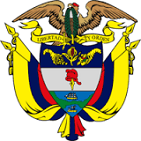







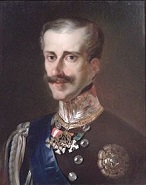






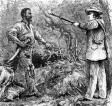













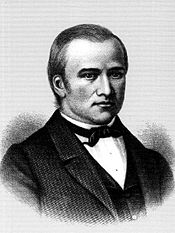





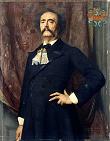

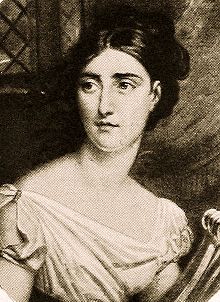





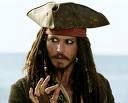



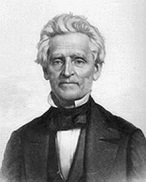



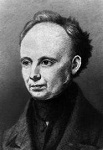





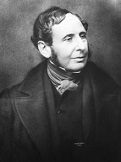
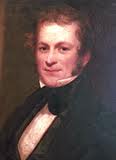








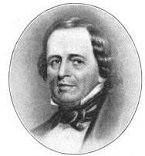
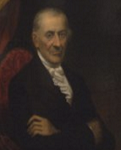



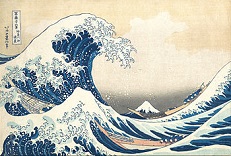
1831 German emigration to the U.S.: 15K (increases to 43K in 1841). People copulate and defecate, spreading disease to live? Between this year and 1866 there are three cholera pandemics in Europe, all originating in India, spreading to to Europe; the first one, which began in 1826 in the Ganges River Delta in India spreads to China (1828), Japan, Poland (Feb.), Russia (Mar.), Istanbul (July 26), Hungary, Germany, and Egypt, reaching Britain in Oct. On Jan. 1 Boston, Mass. abolitionists William Lloyd Garrison (1805-79) and Isaac Knapp (1808-58) begin pub. The Liberator (until Dec. 29, 1865), a broadside against slavery as an institution, using Christian principles, with the slogan, "I will be heard", and a cool graphic masthead with "Thou shalt love thy neighbor as thy self"; it never attains a circ. over 3K, but is extremely influential, immediately causing the state of Ga. to offer a $5K reward for Garrison's arrest, plus tons of death threats - that Playboy-under-the-bed feel, so bon ton to pass around? On Feb. 2 after a 54-day conclave, Mauro (Bartolomeo Alberto) Capellari is elected Pope (#254) Gregory XVI (1765-1846) (until June 9, 1846). On Feb. 5 Dutch naval lt. Jan Carolus Josephus van Speijk (Speyk) (b. 1802) blows up his ship in Antwerp harbor to prevent its capture by the Belgians. On Feb. 9 Joseph Smith Jr. receives a revelation to institute the Law of Consecration, instructing the church to keep goods "in my storehouse, to administer to the poor and the needy", On Mar. 13 conservative Casimir Pierre Perier (Périer) (1777-1832) becomes council pres. in Paris, keeping the repubs. down while restoring France's credit in Europe; too bad, he falls ill next spring during a cholera outbreak, and dies six weeks later on May 16. On Mar. 18 the U.S. Supreme (Marshall) Court rules 4-2 in Cherokee Nation v. Georgia that the Cherokees are a "domestic nation", not a typical foreign state, and that they have "an unquestionable right" to their lands; they actually ignore their plea to issue an injunction to the state of Ga. to not interfere with their rights by claiming that they have no jurisdiction over a foreign nation, while at the same time acknowledging that it is a dependent nation with a relationship to the U.S. like that of a "ward to its guardian". On Mar. 19 the City Bank on Wall Street in New York City is robbed of $245K by Edward Smith, who spends $60K before he is caught and sentenced to five years in Sing Sing - this could start a trend? In Mar. Joseph Smith Jr. proclaims that Christ's New Jerusalem will be sited on the Mo.-Kan. border in Jackson County, Mo., with the capital in Independence, Mo.; on Aug. 2 he holds a ceremony there, telling church members to buy up as much land as possible, helping lay the logs for the first house, with the first log caried by 12 men representing the Twelve Tribes of Israel; too bad, the locals don't like them, confusing them with abolitionists, giving them until Nov. 6, 1833 to skedaddle, then ordering the stragglers out on Nov. 23, 1833; after the last Mormons leave Mo. in mid-1839, they don't start returning until 1867; meanwhile he moves the church HQ from Palmyra, N.Y. to Kirtland, Ohio E of Cleveland (until 1837). On Apr. 7 after being harassed by his parliament, Brazilian king (since 1822) Pedro I abdicates in favor of his 5-y.-o. son Pedro (Peter) II (the Magnanimous) (1825-91) (until Nov. 15, 1889), then sails to Portugal to fight his usurper brother Dom Miguel and restore Maria II da Gloria. On Apr. 11 the Salsipuedes (Sp. "get out if you can") Massacre in Uruguay sees bola-carrying mounted Charrua Indians invited to a meeting with pres. Fructuosa Rivera's brother Bernabe, then you know what, exterminating the tribe, after which there is a govt. coverup, the remaining handful taken to Paris in 1833 as circus attractions. On Apr. 27 Charles Albert (1798-1849) of the line of Savoy-Carignan becomes king of Sardinia-Piedmont (until Mar. 23, 1849), Macedonian-born Albanian-speaking viceroy (since 1805) Mehmet (Mohammed) (Muhammad) Ali (1769-1849) demands the Ottoman Empire give him control of Arab Greater Syria (Syria Vilayet and Alepoo Vilayet) as a reward for his assistance against Greece in Crete, which is refused, resulting in the First Egyptian-Ottoman (Turco-Egyptian) (Syrian) War (ends 1833). In Apr. reps. of Austria, Russia, France, Prussia, and England meet in Rome to reform the Papal States, and on May 21 issue a memorandum, which is grudgingly carried out by Pope Gregory XVI, with exceptions, causing the Papal States to go into revolt. On May 5, 1831 the Detroit Free Press (originally Dem. Free Press and Mich. Intelligencer until 1835) is founded in Detroit, Mich. by Detroit mayor #1 (since 1824) John R. Williams (1782-1854) and his uncle Joseph Campau (1769-1863), becoming a backer of the Dem. Party; in 1940 it is acquired by the Knight Newspapers (Knight Ridder), becoming a morning newspaper competing with the evening The Detroit News; it goes on to win 10 Pulitzer Prizes and promote the motto "On Guard for 186 Years" (2017). On May 24 Pres. Andrew Jackson appoints his old La. friend Edward Livingston (1764-1836) (former mayor of New York City in 1801-3) as U.S. state secy. #11 (until May 29, 1833); meanwhile William Cabell Rives (1793-1868) of Va. negotiates a treaty with France agreeing to pay them 1.5M francs in satisfaction of French claims in return for 25M francs from them as indemnity for French spoilations of U.S. shipping during the Berlin and Milan decrees, and in 1835 Livingston is appointed minister to France to get the terms fulfilled, and when they renege he closes up shop and returns. On May 26 after the Polish Diet declares Polish independence, the Russians defeat them in the Battle of Ostroleka, and crush the November Uprising (begun 1830), launching a vicious Russification program; on Sept. 16 French foreign minister Horace Francois Bastien Sebastini de La Porta (1771-1851) utters the soundbyte "The most perfect order prevails in Warsaw"; Warsaw U. is closed for over 20 years; Warsaw rock star Frederic Chopin (b. 1810) moves to Paris. On June 4 Prince Leopold of Saxe-Coburg is elected king Leopold I (1790-1865) of Roman Catholic-friendly Belgium, and is inaugurated on July 21 (until Dec. 10, 1865), declaring Belgium separate from the Netherlands; the London Conference approves the selection, and on June 26 draws up the Eighteen Articles regulating the secession, splitting the Grand Duchy of Luxembourg in two, with the larger part going to Belgium and the smaller to the Netherlands, pissing-off William I, who less than two weeks later breaks the armistice and invades Belgium on Aug. 2-12 in the Ten Days Campaign, until they are stopped by a French army led by Marshal Etienne Maurice Gerard (Gérard) (1773-1852), ending the 1830 Belgian Rev.; Leopold rules with a clerical-liberal coalition that is paranoid about Dutch invasion, leading to strong militarism and tolerance of multilingualism, with French being #1 in popularity; meanwhile the costly Dutch occupation of Luxembourg and Flemish-dominated Limburg is paid for by Java gov.-gen. Count Johannes van den Bosch (1780-1844), who lowers taxes in exchanges for control of 20% of Java land, allowing him to raise crops of coffee, sugar, and indigo to ship back via the Dutch Trading Co. On June 7 the British House of Commons passes Lord John Russell's Reform Act, abolishing all "nomination" boroughs and extending the franchise, but the Whig-dominated House of Lords defeats it; Lord Grey's govt. resigns in protest, and eventually William IV is forced to ask him back and create a large number of new Whig peers to get it passed. On July 20 Md.-born Roger Brooke Taney (1777-1864) becomes U.S. atty. gen. #11 (until Nov. 14, 1833), beginning his rise to U.S. chief justice on Mar. 28, 1836, which is hampered by being Roman Catholic in a WASP society, but made up for by being on the side of the crackers. In July 1after being forced out of Ohio and Penn. in the late 18th cent., with one band moving to Mo. and becoming known as the Absentee Shawnee, another band of the Shawnee Tribe moves to Indian Territory, while another moves in Aug. to Kansas, only to have their lands drastically reduced in 1854 and broken up into individual allotments in 1858; during the U.S. Civil War many fight for the Union, gaining the name Loyal Shawnee, returning to Kansas only to find that white settlers have taken over 130K acres of their land, leaving them 70K, of which 20K are given to the Absentee Shawnee; in 1861 after Kan. becomes a state, the whites demand that they all be removed, and in 1869 the Loyal Shawnee make an agreement with the Cherokee Nation to receive citizenship and allotments of land in Craig County, Okla. and Rogers County, Okla. in NE Okla. (named after Will Rogers' father Clem Vann Rogers), becoming known as the Cherokee Shawnee. In Aug. black slave preacher "the Prophet" Nat Turner (1800-31) leads a slave rebellion in Va. with as many as 80 followers, moving for 12 hours from farm to farm in Southampton County and murdering 55 whites, mostly women and children, while the men are attending a religious revival; the militia suppresses the insurrection, and a reign of terror against blacks follows; the incident causes a slavery debate in the Va. House of Delegates next Jan., with an abolition resolution by Thomas Jefferson Randolph narrowly rejected, after which Southern sentiment for abolition evaporates as the news that niggers are indeed savage apes out to murder them freaks the whites out bigtime, and hardens their resolve to keep them down - they don't remember the Wat Tyler Rebellion of 1381? On Sept. 11 the Anti-Masonic Party holds the first-ever nat. pres. nominating convention in the U.S. in Baltimore, Md., and issues the first written platform, nominating William Wirt (1773-1834) (atty. gen. under Monroe and J.Q. Adams) (a Freemason?) for pres., and making hay of Jackson's support for Masonry. On Sept. 15 the British-built steam locomotive John Bull begins operation in the U.S.; it is still operating on Sept. 15, 1981, becoming the oldest operational U.S. steam locomotive. On Nov. 21 after a civilian-military govt. coup to reestablish a constitutional govt., Domingo de Caycedo (Caicedo) y Sanz de Santamaria (1783-1843) becomes pres. #1 of the new (Oct. 20) Repub. of New Granada (ends Apr. 11, 1858 1858), with capital at Santa Fe de Bogota, comprising modern-day Colombia and Panama plus portions of surrounding countries, with a red-blue-yellow flag; gen. Jose Maria Ramon Obando del Campo (1795-1861) becomes vice-pres. #1; on May 9, 1834 the new Colombian Coat of Arms is adopted, featuring a cool Andean condor (symbolizing freedom) holding a ribbon saying "Libertad y Orden" (Liberty and Order); too bad, it goes through 17 presidentes by 1858. In Nov. the Nat. Repub. (Anti-Jacksonan) Party (now perceived as the party of the moneyed aristocracy) hold their Nat. Convention in Baltimore, Md., and choose Henry Clay, dissolving in 1833 after he loses to Jackson. In Nov. Ark. blacksmith James Black (1800-72) makes the first 15-in. Bowie Knife (Arkansas Toothpick) for its designer, white slaver and frontiersman Col. James "Jim" Bowie (1796-1836) (or his brother Rezin), who embarks on an exploration of the SW U.S.; "could give a man of squeamish constitution the colic" (Davy Crockett). The original Skipper and Gilligan set out for Christmas '31? On Dec. 27 (Tues.) (11:00 a.m.) after having his interest in natural studies piqued by Cambridge botanist John Stevens Henslow (1796-1861), young biologist and bird shooter Charles Darwin (1809-82) sets out in HMS Beagle, captained by Robert FitzRoy (1805-65) (introduced to him by Henslow) for a 5-year cruise to Patagonia in South Am., New Zealand, and Australia (ends Oct. 2, 1836) to study flora and fauna and gather info. (ends 1836); his 17-day stay on the Galapagos Islands in fall 1835 takes him over the top, esp. the Galapagos tortoise, and the "obvious" natural selection among the 13 (14?) (15?) species of Darwin's finches (actually, passerine birds not related to finches), and his revulsion at the "hideous-looking" Galapagos marine iguana, with the soundbyte: "They are as black as the porous rocks over which they crawl and seek their prey from the Sea. Somebody calls them 'imps of darkness'. They assuredly well become the land they inhabit" (actually they eat seaweed); it takes for 1973 for a real scientific study of Darwin's finches to be made by Peter and Rosemary Grant - evolution or devolution? On Dec. 28 after the USS Lexington (built 1825) under Capt. Silas M. Duncan (1788-1834) sails to the Falkland Islands to investigate reports of three U.S. sealing ships destroyed, it wipes out the Argentine settlement of Puerto Soledad on East Falkland, declaring the islands "free of all government", which gives the Brits a free hand to move in. On Dec. 31, (Sat.) (Jan. 1, 1832?) the Disciples of Christ (Christian Church) is formed at the High St. Meeting House in Lexington, Ky. by a handshake between Port Tobacco, Md.-born Barton Warren Stone (1772-1844) and Sullivan County, Tenn.-born John "Raccoon" Smith (1784-1868) to go back to the Biblical roots, merging the Second Great Awakening Restoration (Stone-Campbell) Religious Reform Movement of County Down, Ireland-born Am. Presbyterian minister Thomas Campbell (1763-1854) and his County Antrim, Ireland-born son Alexander Campbell (1788-1866), composed mainly of Bible-thumping Baptists. In Dec. Central Am. Federation pres. Francisco Morazan transfers the capital from Guatemala City to San Salvador, but after opposition by pres. Jose Maria Cornejo leaves on Jan. 6, 1832 to Honduras to wait for troops from Nicaragua to return with. Greek pres. Count Ioannaes Kapodistrias (b. 1776) is assassinated, and a civil war breaks out in Greece (until 1832). The impoverished silk weavers of Lyons, France revolt against mechanisation and lower wages - it's all about who you know? Mass demonstrations in Switzerland lead to dem. reforms and expansion of the voting franchise. Anti-black riots in Providence, R.I. end up with four whites being killed by the militia. The British begin a drive to exterminate the Thugee cult in India, devoted to the goddess Kali, known for murders and robberies in the name of their religion, causing the term Muslim, er, "thug" to be coined. The U. of Parma in Italy is closed to foreign students, and falls into decay before being revived in 1854. The red-white colors of the Polish Flag are officially adopted, based on the white eagle of Poland and the white knight (pursuer) of Lithuania who rides a white horse, all on a red shield; it takes until 1919 to adopt the flag itself. Gen. Sir Richard Bourke (1777-1855) becomes gov. of New South Wales, Australia (until 1837); free land grants are ended, and a min. price of 5 shillings/acre is set to finance public works and white immigration. Former U.S. pres. John Quincy Adams becomes U.S. Rep. from Mass. The Eaton Affair of 1829 works out for Van Buren? After attacking Jackson's spoils system, John C. Calhoun resigns as U.S. vice-pres., and Martin Van Buren and Thomas Eaton resign from the Jackson cabinet, allowing Jackson to ask for the resignations of other members, incl. three Calhoun supporters; Jackson then nominates Van Buren as U.S. minister to Great Britain, but the Senate rejects him, so Jackson picks him for his vice-pres. and eventual successor; Penn. Federalist rep. (since 1820) James Buchanan (b. 1791) goes Dem. and becomes U.S. minister to Russia (until 1833); on Mar. 13, 1832 the term "kitchen cabinet" is coined in an article in the Calhounite Telegraph by U.S. Sen. (D-Miss.) (1830-5) George Poindexter (1779-1853) for Pres. Jackson's ginger group of intimate advisers, incl. Washington Globe ed. (1830-49) Francis Preston Blair (1791-1876). Sam Houston's own little affair works out for him too? Sam Houston returns to Tenn. for his mother's funeral, then accompanies a Cherokee delegation to Washington, D.C. to see Pres. Jackson and champion their rights; Ohio Rep. William Stanberry denounces Houston and the Jackson admin. in the House, and accuses Houston of dishonesty, then two weeks later they cross paths on Pennsylvania Ave., and Stanberry aims a pistol at Houston's buckskin-coated chest and pulls the trigger, but it misfires, and Houston disarms him, lifts his feet in the air and "struck him elsewhere"; Houston is arrested and tried for contempt before the House of Reps., causing a nat. sensation as he hires Francis Scott Key as his atty. but steals the show with lofty oratory that causes Shakespearean actor Junius Brutus Booth (1796-1852) to push through the crowd and embrace him; he is acquitted, saying "They gave me a national tribunal for theatre, and that set me up again." The Crows and Blackfeet engage in a fierce battle near the Wyo. border, and the Crows credit their V to their adopted chief, Va.-born mulatto mountain man Jim Beckwourth. Genoan-born Italian patriot Giuseppe Mazzini (1805-72), who has worn black since 1821 and swears to continue until Italy is unified and independent moves to Marseilles and founds Young Italy (Italian Youth) (Giovine Italia) to work for unification and nat. independence. The Nottingham Riot in England sees the pop. of the lace manufacturing town known for having the worst slums in the British Empire outside India riot in protest of the Duke of Newcastle's opposition to the Reform Act of 1832, setting fire to his residence Nottingham Castle. The First British-Ashanti War (begun 1823) ends with a treaty accepting the Pra River as the border, bringing 30 years of peace. George (Taufa'ahau) Tupou I (1797-1893) founds the Tupou Dynasty in Tonga (the Friendly Islands), taking the name George I, going on to consolidate the kingdom by conquest - rock rock, everybody rock, take it rooster? Zurich promulgates the Constitution of 1831 based on Snell's principles. U.S. copyright protection is extended to 28 years, renewable for 14 more - who could live longer than that? The name of the city of Thang Lo is changed to Hanoi - they don't hang low they hang hi? The city of Kansas City (originally just Kansas) (named after the Kansas Indians) (modern-day. pop. 481K/2.4M) is founded at the confluence of the Missouri and Kansas Rivers by a group of Mormons from N.Y., building the first school in Kan. Territory until they are chased out by mobs in 1833, after which the Kansas Town Co. is formed to settle the area; it is incorporated as a town on June 1, 1850, and as a city on Mar. 28, 1853, going on to become the largest city in Mo. Denison U. (originally Granville Lit. and Theological Inst.) in Granville, Ohio is founded on Dec. 13 by John Pratt, becoming the 2nd Baptist college W of the Allegeny Mts. after Georgetown College (founded 1829), and Ohio's 2nd liberal arts college. New York U. (NYU) in New York City is founded by Swiss-born U.S. Treasury secy. #4 (1801-14) Albert Gallatin (1761-1849); the first 100 students occupy rental quarters until the first bldg. is purchased on Washington Square in 1837. Wesleyan U. is founded in Middletown, Conn. by thee Methodist Episcopal Church, becoming the first U.S. college named after John Wesley, and of the Little Three (top U.S. liberal arts colleges) after Williams College (founded 1793) and Amherst College (founded 1821). French Versailles court auditor Alexis Charles Henri Clerel (Clérel) de Tocqueville (1805-59) visits the U.S. for 9 mo. to gather info. on prisons, and ends up an Am. groupie, writing a fanzine? French-born Am. explorer U.S. Army Capt. Benjamin Bonneville (1796-1878) of the U.S. Army heads an expedition guided by Jim Bridger (ends 1836) to explore the Intermountain West between the Rocky Mts. and Calif., and finds them not all flat; Bonneville Salt Flats are later named after him by geologist Grove Karl Gilbert. Enderby Land, a region of NE Antarctica opposite the S tip of Africa is discovered. The first U.S.-built locomotive to pull a passenger train makes its first run; the first U.S. railroad honeymoon trip is made by Mr. & Mrs. Pierson of Charleston, S.C. The British Assoc. for the Advancement of Science is founded to professionalize the discipline, based on the Gesellschaft Deutscher Naturforscher. Scottish theologian John McLeod Campbell (1800-72), minister of Row near Helensburgh since 1825 is deposed by the Gen. Assembly for heresy for preaching the universality of atonement. Am. make-the-world-go-away-and-get-it-off-my-shoulder Millennium Fever Baptist preacher William Miller (1782-1849) begins his preaching career; meanwhile competitor Joseph Smith moves to Kirtland, Ohio to meet girls, er, spread his new religion - any nubile young women wanting to be, er, converted? Scottish physicist Sir David Brewster (1781-1868) almost loses his sight when a chemical experiment blows up in his face - like a kaleidoscope? Mary Willis Marshall (nee Ambler), wife (since 1782) of U.S. chief justice John Marshall (d. 1835) dies, and his health declines. After being orphaned at age two, taken in by John and Frances Allan of Richmond, Va., then kicked out because of his gambling debts, attending the U. of Va. for one year before running out of money, enlisting in the U.S. Army in 1827 under an alias, Boston, Mass.-born Edgar Allan Poe (1809-49) is expelled from West Point after 6 mo. for alcoholism, declaring his desire to become a writer and poet. The Congregational Union of England and Wales is founded. The Garrick Club in London is founded for the promotion of lit. and drama. The Detroit Free Press and Michigan Intelligencer is founded. Finnish nationalist intellectuals found the Finnish Lit. Society, led by philologist Elias Lonnrot (Lönnrot) (1802-84). Hungarian child prodigy pianist Franz Liszt (1811-86) hears Niccolo Paganani play violin in Paris in Sept., turning him on, after which he practices 24/7 to become the #1 piano virtuoso, transposing Hector Berlioz's "Symphonie Fantastique" next year and becoming a star. Black Hermitage Syrah (Shiraz) grapes are brought to Australia from France and Spain by James Busby (1801-71) of Scotland, who goes on to become "the Father of the Australian Wine Industry". Architecture; Mount Auburn Cemetery on the border between Cambridge and Watertown, Mass. (4 mi. W of Boston) is dedicated by U.S. Supreme Court justice Joseph Story, starting a rage for beautiful naturalistic landscaped rural cemeteries and parks. The remains of George Washington are removed to a plain brick tomb a few hundred yards from Mt. Vernon mansion near a wooded ravine. Inventions: French physicist Antoine Cesar Becquerel (1788-1878) invents the electromagnetic balance. James Bogardus (1800-74) of New York City invents a mechanized engraving machine for engraving dies for bank notes. Samuel Guthrie (1782-1848) of N.Y. (inventor of percussion powder, which makes the flintlock musket obsolete, plus a process for converting potato starch into molasses in 1830), Justus von Liebig (1803-73) of Germany, and Eugene (Eugène) Soubeiran (1797-1859) of France independently discover Chloroform (CHCl3). Walter Hancock (1799-1852) of England begins the first regular steam carriage service between Stratford and London in his 10-seater self-propelled steam carriage The Infant (built 1829); after taking an experimental trip to Brighton on Oct. 31, 1832, he begins regular service between London Wall and Paddington via Islington in his new steam carriage The Enterprise - the original Star Trek? Am. physicist Joseph Henry (1797-1878) invents the electric bell; he uses silk from his wife's stockings to wrap wire for the poles of his horseshoe magnet, which is able to lift one-third ton. Robert Hall McCormick (1780-1846) of Walnut Grove, Va. invents the Mechanical Reaper, and his son Cyrus Hall McCormick (1809-84) markets it, turning wheat farming into a big agribusiness; he receives a patent on June 21, 1834, and leaves it to his son, who later claims he invented it? The slow-burning safety fuse is invented by ?, along with a method of exploding several blasting charges simultaneously by means of electrically-fired blasting caps. Science: Michael Faraday (1791-1867) of England discovers Electromagnetic Induction. Scottish-born British explorer Sir John Ross (1777-1856) and his nephew Sir James Clark Ross (1800-62) discover the location of Earth's magnetic North Pole near Ellesmere Island in Canada; starting in 1904, the pole begins shifting NE at about 9 mi. a year, speeds up again in 1989, and by 2007 is heading toward Siberia at 34-37 mi. a year. The Wollaston Medal, named after English chemist-physicist William Hyde Wollaston (1766-1828) (made of palladium, a metal he discovered) is founded by the Geological Society of London; the first one goes to William "Strata" Smith (1769-1839), whose pub. of the first geological map in 1801 causes pres. Adam Swedgwick to call him "the Father of English Geology". Nonfiction: Thomas Carlyle (1795-1881), Characteristics. Albert Gallatin (1761-1849), Considerations on the Currency and Banking System of the United States. Christian Dietrich Grabbe (1801-36), Comedy, Satire, Irony and Deeper Meaning; disses Germany's fascination with Shakespeare. George Grote (1794-1871), Essentials of Parliamentary Reform. Charles Knowlton (1800-50), The Fruits of Philosophy, or the Private Companion of Young Married People; advocates birth control, getting him jailed in Taunton, Mass. Alphonse de Lamartine (1790-1869), Sur la Politique Rationnelle. Jules Michelet (1798-1874), Introduction a l'Histoire Universelle; uses the anti-rationalist approach of Giambattista Vico, preferring imagination to analysis, displaying "the peculiar visionary qualities which made Michelet the most stimulating, but the most untrustworthy (not in facts, which he never consciously falsifies, but in suggestion) of all historians." (Encyclopaedia Britannica, 11th ed.). Sir Francis Palgrave (1788-1861), A History of the Anglo-Saxons. Omar ibn Said (1770-?), Autobio. of Omar ibn Said, Slave in North Carolina; ed. John Franklin Jameson; only Arabic autobio. written by a slave in the U.S. known as Morro or Uncle Moreau, who was abducted from West Africa in 1807; acquired by Am. Muslim Derrick Beard (1969-2018), who leaves it to the Library of Congress. John Greenleaf Whittier (1807-92), Legends of New England. William Youatt (1776-1847), The Horse: With a Treatise on Draught; becomes std. textbook. Music: Daniel Auber (1782-1871), Le Philtre (comic opera) (Opera Comique, Paris); stars Adolphe Nourrit; after Gaetano Donizetti trans. the libretto into Italian, it becomes the hit "L'Elisir d'Amore". Vincenzo Bellini (1801-35), La Sonnambula (opera) (Mar. 6) (Teatro Carcano, Milan); libretto by Felice Romani; stars Giuditta Angiola Maria Constanza Pasta (nee Negri) (1797-1865) as Amina, and Giovanni Battista Rubini as Elvino; Amina's line "Ah! Non credea mirarti/ Si pesto estingo, o fiore" (I did not believe you would fade so soon, oh flower!" is inscribed on Bellini's tomb in the Catania Cathedral in Sicily; Norma (opera) (Dec. 26) (La Scala, Milan); libretto by Felice Romani; written (like La Sonnambula) especially for Giuditta Pasta, a role that becomes a favorite for sopranos Jenny Lind and Lilli Lehmann, and is later owned by Maria Callas. Frederic Chopin (1810-49), Revolutionary Etude, Op. 10, No. 12; composed after witnessing the 1830 bombardment of Warsaw. Louis Herold, Zampa (Paris, Opera-Comique). Giacomo Meyerbeer (1791-1864), Robert le Diable (Robert the Devil) (opera) (Paris Opera) (Nov. 21); libretto by Eugene Scribe and Casimir Delavigne; the 2nd grand opera after Daniel Auber's "La Muette de Portici"; makes him a superstar; incl. Idole de Ma Vie. Thomas Moore (1779-1852), Life of Lord Edward Fitzgerald. Samuel Francis Smith (1809-95) writes the lyrics to My Country, 'Tis of Thee to the tune of America, becoming a U.S. nat. anthem until 1931. Mary Somerville (1780-1872), Celestial Mechanism of the Heavens. Istvan Szechenyi (1791-1860), The World. Art: Jean-Baptiste-Camille Corot (1796-1875), View of the Forest of Fontainebleau. Eugene Delacroix (1798-1863), Le 28 Juillet 1830. Katsushika Hokusai (1760-1849), Thirty-Six Views of Mount Fuji; incl. The Great Wave Off Kanagawa. Jean Louis Ernest Meissonier (1815-91), The Visit to the Burgomaster (Les Bourgeois Flamands); his first "miniature in oil". Plays: Cogniard Brothers, La Cocarde Tricolore; introduces the term "chauvinism" - it's everything I wanted, this is just for men? Alexandre Dumas pere (1802-70), Antony. Franz Grillparzer (1791-1872), Des Meeres und der Liebe Wellen. Mariano Jose de Larra (1809-37), No Mas Mostrador (Apr. 27) (first play). Poetry: Karl Immermann (1796-1840), Merlin; his masterpiece? Giacomo Leopardi (1798-1837), I Canti; first complete ed. of his poems. August von Platen (1796-1835), Polenlieder; cheers the Poles in their struggle against the Russians. Edgar Allan Poe (1809-49), Poems of Edgar A. Poe; incl. To Helen (in honor of Jane Stanard, mother of a childhood friend), Israfel. Johan Ludvig Runeberg (1804-77), The Grave in Perrho. Novels: Honore de Balzac (1799-1850), La Peau de Chagrin. Michael Banim (1796-1874), The Smuggler. Jules Amedee Barbey d'Aurevilly (1808-89), Le Cachet d'Onyx (first novel). Adelbert von Chamisso (1781-1838), Frauenliebe und Frauenleben. Benjamin Disraeli (1804-81), The Young Duke (novel #2). Susan Edmonstoune Ferrier (1782-1854), Destiny. John Galt (1779-1839), Bogle Corbet, or The Emigrants (3 vols.); The Lives of the Players. Nikolai Gogol (1809-52), Evenings in a Farm near Dikanka (1831-2) (stories); makes him an instant star. Victor Marie Hugo (1802-85), The Hunchback of Notre-Dame (Notre Dame de Paris) (Jan. 14); Paris in the time of Louis XI starting on Epiphany (Jan. 6), 1482, the Feast of Fools; hunchback bellringer Quasimodo, Gypsy babe Emeralda, Capt. Phoebus, Pierre Gringoir, Archdeacon Claude Frollo; the criminal Truands and their Court of Miracles led by King Clopin Trouillefou; "Maitre Jacques Coppenole"; "A Tear for a Drop of Water"; "His cathedral was enough for him. It was peopled with marble figures of kings, saints, and bishops who at least did not laugh in his face and looked at him with only tranquility and benevolence. The other statues, those of monsters and demons, had no hatred for him - he resembled them too closely for that. It was rather the rest of mankind that they jeered at"; "Great edifices, like great mountains, are the work of the ages"; the popularity of the book spurs rebuilding efforts, with Jean-Baptiste-Antoine Lassus and Eugene Viollet-le-Duc selected as architects, who design and build the 300-ft. spire in 1859, which burns in Apr. 2019. James Kirke Paulding (1778-1860), The Dutchman's Fireside (2 vols.). Thomas Love Peacock (1785-1866), Crotchet Castle; novel #6. Alexander Pushkin (1799-1837), The Belkin Tales (The Tales of the Late Ivan Petrovich Belkin) (first novel). Jules Sandeau (1811-83) and George Sand (1804-76), Rose et Blanche; pub. under alias J. Sand, causing his liberated Parisian lover Madame Dudevant (known for wearing men's clothes and smoking cigars) to adopt the alias George Sand. Karl Spindler (1796-1855), Der Invalide. Births: Am. historian-librarian Justin Winsor (d. 1897) on Jan. 2 in Boston, Mass.; educated at Boston Latin School. and Harvard U.; Harvard U. librarian 1877-97; founder of the Am. Library Assoc. (1876). German postmaster Heinrich von Stephan (d. 1897) on Jan. 7 in Stolp (Slupsk), Pomerania, Prussia; co-founder of the First Internat. Postal Union (1874). U.S. Sen. (R-Minn.) (1889-95) and Rep. (1879-85) William Drew Washburn (d. 1912) on Jan. 14 in Livermore, Maine; brother of Elihu B. Washburne (1816-87) and Cadwallader Washburn (1818-82); educated at Bowdoin College. Am. Western gunslinger Joseph Alfred "Jack" Slade (d. 1864) on Jan. 22 in Carlyle, Ill. German botanist (founder of modern mycology) Henrich Anton de Bary (d. 1888) on Jan. 26 in Frankfurt-am-Main. Am. "Hans Brinker" writer-ed. Mary Elizabeth Mapes Dodge (d. 1905) on Jan. 26 in New York City. Am. musical instrument manufacturer Franz Rudolph Wurlitzer (d. 1914) on Jan. 30 in Schoneck, Saxony; emigrates to the U.S. in 1853; father of Henry Eugene Wurlitzer (1871-1928), Rudolph Henry Wurlitzer (1873-1948) and Farny Reginald Wurlitzer (1883-1972). Czech architect Josef Hlavka (Hlávka) (d. 1908) on Feb. 15 in Prestice, Bohemia; educated at the Technical U. of Prague, and Academy of Fine Arts. Russian "Lady Macbeth of Mtsensk" novelist Nikolai Semyonovich Leskov (d. 1895) on Feb. 16 in Gorokhova, Orel (Oryol); model for Anton Chekhov. French dramatist-librettist Henri Meilhac (d. 1897) on Feb. 21 in Paris; collaborator of Ludovic Halevy (1834-1908). Am. Rocky Mountain News founder-ed. William Newton Byers (d. 1903) on Feb. 22 in Ohio. German statesman and chancellor (1890-4) Count Georg Leo von Caprivi (Kopriva) de Caprera de Montecuccoli (d. 1899) on Feb. 24 in Charlottenburg. English "Buddhism in Christendom" writer (Buddhist) Arthur Lillie (nee George Arthur Howard) (d. 1911) on Feb. 24 in North End, Fulham. Am. Pullman Sleeping Car inventor George Mortimer Pullman (d. 1897) on Mar. 3 in Brockton, N.Y.; starts out manufacturing coffins - natural progression? U.S. 5'5" Civil War Union maj. gen. Philip Henry "Little Phil" Sheridan (d. 1888) on Mar. 6 in Albany, N.Y.; Irish immigrant parents; #34 of 52 in the 1853 West Point class; "A brown, chunky little chap, with a long body, short legs, not enough neck to hang him, and such long arms that if his ankles itch he can scratch them without stooping" (Abraham Lincoln). Am. historian James Phinney Baxter (d. 1921) on Mar. 23 in Gorham, Maine; grandfather of James Phinney Baxter III (1893-1975). Scottish chemist Archibald Scott Couper (d. 1892) on Mar. 31 in Kirkintilloch, East Dunbartonshire. English heavyweight boxing champ (1861-2) James "Gypsy Jem" Mace (d. 1910) on Apr. 8 in Beeston. Am. Baptist minister (founder of Shaw U.) Henry Martin Tupper (d. 1893) on Apr. 11 in Monsn, Mass. Am. Civil War Union gen. and railroad exec Grenville Mellen Dodge (d. 1916) on Apr. 12 in Putnamville (near Danvers), Mass.; educated at Norwich U. Belgian painter-sculptor Constantin Meunier (d. 1905) on Apr. 12 in Etterbeek, Brussels. Scottish mathematical physicist Peter Guthrie Tait (d. 1901) on Apr. 28 in Dalkeith; educated at Peterhouse College, Cambridge U. Am. beer entrepreneur Joseph Schlitz (d. 1875) on May 15 in Mainz, Germany; emigrates to the U.S. in 1850. Am. musician-physicist-inventor David Edward Hughes (d. 1900) on May 16 in Bala, Wales; emigrates to the U.S. at age 7. British naval vice-adm. and historian-critic-inventor Philip Howard Colomb (d. 1899) on May 29 in Knockbrex, Dumfries and Galloway, Scotland. Am. Civil War Confederate Gen. John Bell Hood (d. 1879) on June 1 (June 29?) in Owingsville, Ky. Scottish "Maxwell's Laws of Electromagnetism" physicist James Clerk Maxwell (d. 1879) on June 13 in Edinburgh; educated at the U. of Edinburgh, and Trinity College, Cambridge U.; takes the first color photo in 1861. Am. "Life in the Iron Mills" novelist-journalist Rebecca Blaine Hardind Davis (d. 1910) on June 24 in Washington, Penn.; grows up in Wheeling, W. Va.; educated Washington Female Seminary. Hungarian violinist-composer Joseph Joachim (b. 1907) on June 28 in Kittsee (near Bratislava), Slovakia; founds the Joachim Quartet in 1869; lifelong friends with Johannes Brahms, who writes his Concerto for him; later, when Joachim's marriage is crumbling and Brahms fails to side with him, the latter attempts to patch things up by writing his Double Concerto (violin-cello). Am. educator Daniel Coit Gilman (d. 1908) on July 6 in Norwich, Conn.; educated at Yale U. (Skull & Bones); classmate of Andrew Dickson White; pres. #1 of Johns Hopkins U. (1875-1901) and the Carnegie Inst. (1901-). German sculptor Reinhold Begas (d. 1911) on July 15 in Berlin; son of Karl Begas (1794-1854); student of Christian Daniel Rauch and Ludwig Wilhelm Wichmann. Persian Qajar shah #4 (1848-96) Nasser ed-Din (al-Din) Shah Qajar (d. 1896) on July 16 in Tabriz; son of Mohammad Shah Qajar (1808-48); father of Mozaffar al-Din Shah Qajar (1853-1907); first shah to be photographed and to write a diary. French mathematician (modern slide rule w/runner inventor) Victor Mayer Amedee (Amédée) Mannheim (d. 1906) on July 17 in Paris. Chinese Manchu Qin emperor #7 (1850-61) Qing Xian Feng (Hsien-fung) (Chin. "universal prosperity") (real name Yizhu) (d. 1861) on July 17 in Beijing; 4th son of Dao Guang (1782-1850) and imperial concubine Quan (1808-40). Japanese emperor #121 (1846-67) Komei (Osahito) (d. 1867) on July 22; 4th son of Ninko (1800-46). French-Am. African explorer-anthropologist Paul Belloni du Chaillu (d. 1903) on July 31 in Paris (New Orleans, La.?) (Reunion Island?); mulatto mother?; spends his youth in Gabon, then emigrates to the U.S. in 1852. English Biblical and Shakespearean scholar William Aldis Wright (d. 1914) on Aug. 1 in Beccles; educated at Trinity College, Cambridge U. English "Life of Christ" Anglican cleric-writer (headmaster of Marlborough and dean of Canterbury) Frederic William Farrar (d. 1903) on Aug. 7 in Bombay, India; educated at King's College, London; known for his sordid financial affairs; likes to write standing up. British Liberal-turned-Conservative politician George Joachim Goschen, 1st Viscount Goschen (d. 1907) on Aug. 10 in London; educated at Rugby School, and Oriel College, Oxford U.; created viscount in 1900; father of George Joachim (1866-1952). Russian mystic Theosophical Society co-founder Madame Helena (Elena) Petrovna Blavatsky (nee Hahn) (d. 1891) on Aug. 12 (July 30 Old Style) in Ekaterinoslav (Dnepropetrovsk), Ukraine; daughter of Col. Peter von Hahn (Gan) (1798-1873) and Elena Andreyevna Fadayeva (1814-43); sister of Vera Zhelikhovsky (1835-96); first cousin of Count Sergei Witte (1849-1915); settles in the U.S. in 1873 after 20 years of extensive travels to India, Tibet et al., where she becomes a spiritualist and decides to bring it back to the so-very-shallow white world. Austrian geologist Eduard Suess (d. 1914) on Aug. 20 in London, England; grows up in Prague and Vienna; father of Franz Eduard Suess (1867-1942), father of Hans Suess (1909-93). U.S. First Lady (1877-81) (abolitionist) (teetotaler) "Lemonade" Lucy Ware Webb Hayes (d. 1889) on Aug. 28 in Chillicothe, Ohio; daughter of Dr. James Webb and Maria Cook, who inherit 15-20 slaves and set them free; wife of Pres. Rutherford B. Hayes; educated at Ohio Wesleyan U. (first First Lady to graduate from college); converts her husband to the abolitionist cause; most popular White House hostess since Dolley Madison. French "La Tosca", "Fedora" dramatist Victorien Sardou (d. 1908) on Sept. 5 in Paris; in 1895 G.B. Shaw coins the term "Sardoodledom" for his empty contrived dramatic machinery. French sculptor-painter Jean Alexandre Joseph Falguiere (Falguière) (d. 1900) on Sept. 7 in Toulouse. French Provençal (Provencal) Felibrige poet Frederic (Frédéric) Mistral (d. 1914) on Sept. 8 in Maillane, Bouches-du-Rhone; Chilean poet Gabriel Mistral (1889-1957) names herself in his honor. German "Stopfkuchen" novelist-painter ("the Charles Dickens of Germany") Wilhelm Raabe (d. 1910) (AKA Jakob Corvinus) on Sept. 8 in Escherhausen, Brunswick. U.S. Civil War Union maj. gen. and U.S. war secy. #28 (1868-9) John McAllister Schofield (d. 1906) on Sept. 29 in Gerry, N.Y. English dept. store ("universal provider") pioneer William Whiteley (d. 1907) on Sept. 29 in Purston, Yorkshire. Am. journalist Edwin Lawrence Godkin (d. 1902) on Oct. 2 in Moyne, County Wicklow, Ireland; founder of "The Nation" (1865); educated at Queen's College, Belfast; emigrates to the U.S. in 1856. German mathematician Julius Wilhelm Richard Dedekind (d. 1916) on Oct. 6 in Braunschweig, Brunswick. German ambassador (Constantinople, 1878-81) (London, 1885-1901) Melchior Hubert Paul Gustav Graf von Hatzfeldt zu Trachenberg (d. 1901) on Oct 8 in Dusseldorf; "the best horse in the diplomatic stable" (Bismarck). Am. "Ramona" (1884) poet-novelist and Am. Indian rights activist Helen Maria Hunt Fiske Jackson (d. 1885) on Oct. 15 in Amherst, Mass. German Kaiser #2 (1888) Frederick (Friedrich) "Fritz" III (d. 1888) on Oct. 18 in Potsdam, Prussia; son of Wilhelm I (1797-1888) and Augusta of Saxe-Weimar (1811-90). English jurist-historian (Positivist philosophy leader) Frederic Harrison (d. 1923) on Oct. 18 in London; educated at King's College and Wadham College, Oxford U. Am. classical scholar Basil Lanneau Gildersleeve (d. 1924) on Oct. 23 in Charleston, S.C.; educated at Princeton U. Am. paleontologist Othniel Charles Marsh (d. 1899) on Oct. 29 in Lockport, N.Y.; educated at Yale U.; rival of Edward Drinker Cope (1840-97). German physiologist Carl (Karl) von Voit (d. 1908) on Oct. 31 in Amberg. Am. "Atlantis", "Ragnarok" Repub.-Dem.-Ind.-People's Party politician-writer ("Greatest Failure Who Ever Lived") ("Prince of Cranks") ("Apostle of Discontent") ("Sage of Nininger") (king of 19th cent. conspiracy theorists) Ignatius Loyola Donnelly (d. 1901) on Nov. 3 in Philadelphia, Penn; promotes the killer theories that Shakespeare's plays were written by Sir Francis Bacon, that the Flood and the destruction of Atlantis, along with the extinction of the mammoth were caused by a near-collision of Earth with a comet, and that explains where gravel deposits come from; tries to found his own town called Nininger. British "Anna and the King of Siam" governess Anna Harriet Leonowens (Anna Harriet Emma Edwards) (d. 1915) on Nov. 5; claims to be born in Carnarfon, Wales of Army Capt. Thomas Crawford, but really is born in India of Army Sgt. Thomas Edwards and partly-East Indian mother Mary Anne Glasscott; in 1845 her older sister Eliza Julia marries British civil servant Edward John Pratt, who have son Edward Pratt Jr., father of William Henry Pratt AKA Boris Karloff - sounds like a great movie, Anna and the Frankenstein King of Siam? Am. knuckle coupler inventor Eli Hamilton Janney (d. 1912) on Nov. 12 in Loudon County, Va. U.S. Civil War brig. gen. Stephen Hinsdale Weed (d. 1863) on Nov. 17 in Potsdam, N.Y.; son of John Kilbourne and Charity Winslow Weed. U.S. Repub. pres. #20 (1881) and Civil War maj. gen. (lefty) James Abram Garfield (d. 1881) (whose portrait bears a striking resemblance to actor Paul Newman?) on Nov. 19 in Orange (Cuyahoga County) (near Cleveland), Ohio; first lefty U.S. pres. (next Hoover); 5th and last U.S. pres. born in a log cabin (after Jackson, Polk, Buchanan, Lincoln); 2nd U.S. pres. to be assassinated (after Lincoln); first sitting member of the U.S. House to be elected pres. (until ?); at 18 mo. his father dies; at age 17 works on a freighter in the Great Lakes, followed by a canal boat in the Erie Canal, then becomes a traveling preacher, attends Ohio's Geauga Seminary for two years, and graduates from Williams College in Mass., becoming a prof. of classics and principal of Western Reserve Eclectic Inst. in Ohio. English Liberal MP and playwright (agnostic) Henry Du Pre Labouchere (Labouchère) (d. 1912) on Nov. 31 in London; nephew of Henry Labouchere, 1st baron Taunton (1798-1869); educated at Eton School, and Trinity College, Cambridge U.; husband (1887-) of Henrietta Hodson (1841-1910); shares Northampton with atheist Charles Bradlaugh, calling himself "the Christian member". British Liberal Unionist politician (Unitarian) Jesse Collings (d. 1920) on Dec. 2 in Littleham-cum-Exmouth, Devon. Am. Civil War Union brig. gen. Joshua Woodrow Sill (d. 1862) on Dec. 6 in Chillicothe, Ohio. German banker-philanthropist (Jewish) Baron Moritz von Hirsch auf Gereuth (d. 1896) on Dec. 9 in Munich; grandfather is the first Jewish landowner in Bavaria; father is banker to the Bavarian king; created baron in 1869. Am. "O Little Town of Bethlehem" composer Lewis Henry Redner (d. 1908) on Dec. 15 in Philadelphia, Penn. Am. Colo. cattle rancher John Wesley Iliff Sr. (d. 1878) on Dec. 18 in McLuney, Ohio; father of John Wesley Iliff Jr. (1877-9) and William Seward Iliff; namesake of Iliff School of Theology, and Iliff, Colo. English "Fly Leaves" poet ("Father of the University School of Humor") Charles Stuart Calverley (Blayds) (d. 1884) on Dec. 22 in Martley, Worcestershire; educated at Harrow School, and Balliol College, Oxford U., and Christ's College, Cambridge U.; first to win the chancellor's prize in Latin verse at Oxford and Cambridge. English "The Autobiography of Mark Rutherford" novelist Mark Rutherford (William Hale White) (d. 1913) on Dec. 22 in Bedford; father William White is a Nonconformist doorkeeper at the House of Commons. Am. Mormon fundamentalist founder John Wickersham Woolley (d. 1928) on Dec. 30 in Newlin, Penn.; father of Lorin Calvin Woolley (1856-1934). Chinese sirhak scholar O Kyong-sok (Gyeong-seok) (d. 1879). Am. Hunkpapa Lakota Sioux holy man Sitting Bull (Tatanka Yotanka) (nee Jumping Badger) (d. 1890) near the Grand River, Dakota Territory; son of Returns-Again. Russian vodka manufacturer Pyotr Arsenievich Smirnov (d. 1898). English liberal orator Joseph Cowan II (d. 1900); son of Sir Joseph Cowan (1800-73). British mathematician Edward John Routh (d. 1907). Deaths: Am. printer Isaiah Thomas (b. 1749) on Apr. 4 in Worcester, Mass. Am. financier-philanthropist Stephen Girard (b. 1750) on Dec. 26 in Philadelphia, Penn.; leaves a $7.5M fortune, largest in the U.S., the bulk designated for philanthropic purposes, incl. improved police and municipal improvements in Philly, and for the erection of a school for "poor, white, male orphans", with all ministers of any sect excluded from entering the premises or working in it, which freaks the heirs, causing them to contest it in court in 1836, going all the way to the U.S. Supreme Court, where Daniel Webster makes a famous Plea for the Christian Religion in 1844 but loses, and Girard College is founded in 1848. Am. "Hartford Wits" poet-atty. John Trumbull (b. 1750) on May 11. French pianoforte maker Sebastian Erard (b. 1752) on Aug. 5 in Paris. German Sturm und Drang dramatist F.M. von Klinger (b. 1752) on Feb. 25 in Dorpat. Am. Rev. officer Nathaniel Rochester (b. 1752) on May 17 in Rochester, N.Y. English poet-historian William Roscoe (b. 1753) on June 30 in Toxteth, Liverpool. Am. writer Miss Hannah Adams (b. 1755) on Dec. 15 in Brookline, Mass. English "Lady Macbeth" actress Sarah Siddons (nee Kemble) (b. 1755). Dutch poet Willem Bilderdijk (b. 1756) on Dec. 18 in Haarlem. Austrian-born French composer and pianoforte maker Ignaz Pleyel (b. 1757) on Nov. 14 near Paris; the #1 composer in Europe between Haydn and Beethoven ends up being forgotten. Prussian PM Karl vom Stein (b. 1757) on June 29 in Selm. U.S. pres. #5 (1817-25) James Monroe (b. 1758) on July 4 (3:15 p.m.) in New York City; 3rd U.S. pres. to die on Independence Day (John Adams (1735-1826), Jefferson); first (only?) pres. to have a foreign capital city named after him (Monrovia, Liberia, 1847). French botanist Louis-Marie Aubuert du Petit-Thouars (b. 1758) on May 12 in Paris. Am. black clergyman Richard Allen (b. 1760) on Mar. 26 in Philadelphia, Penn. Prussian field marshal August Neidhardt von Gneisenau (b. 1760) on Aug. 23 in Posen. Am. famous wife (of Adm. Horatio Nelson) Frances Nisbet (b. 1761) on May 4 in London. Am. White House architect James Hoban (b. 1762) on Dec. 8 in Washington, D.C. English Baptist minister Robert Hall (b. 1764) on Feb. 21 in Scottish engineer William Symington (b. 1764) in London. Am. botanist Zaccheus Collins (b. 1765). Russian adm. Dmitry Senyavin (b. 1763) on Apr. 17 in St. Petersburg. Argentine gen. Juan Antonio Alvarez de Arenales (b. 1770) on Dec. 4 in Moraya, Bolivia. German philosopher Georg Wilhelm Friedrich Hegel (b. 1770) on Nov. 14 in Berlin: last words: "Only one man understood me... and he didn't understand": "Nothing great in the world has been accomplished without passion"; "Philosophy is the history of philosophy"; "Philosophy, as the thought of the world, does not appear until reality has completed its formative process, and made itself ready. History thus corroborates the teaching of the conception that only in the maturity of reality does the ideal appear as counterpart to the real, apprehends the real world in its substance, and shapes it into an intellectual kingdom. When philosophy paints its grey in grey, one form of life has become old, and by means of grey it cannot be rejuvenated, but only known. The owl of Minerva takes flight only when the shades of night are gathering"; "The power of the Spirit is only as great as its expression, its depth only as deep as it dares to spread out and lose itself in its exposition"; "What experience and history teach us is this, that people and governments have never learned anything from history, or acted on principles deduced from it" - keep on dancin' and a-prancin', do the jerk? German physicist Thomas Johann Seebeck (b. 1770) on Dec. 10 in Berlin. English machine tool inventor Henry Maudslay (b. 1771) on Feb. 14 in Lambeth, London. French mathematician Sophie Germain (b. 1776) on June 27 in Paris. Greek statesman John Capodistrias (b. 1776) on Oct. 9 in Nafplion; assassinated on the steps of the Church of Saint Spyridon by Konstantis Mavromichalis, brother of imprisoned Mani Peninsula Bey Petrobey Mavromichalis, who is KIA, and his son Georgios, who is executed by firing squad. German "History of Rome" historian Barthold Georg Niebuhr (b. 1776) on Jan. 2 in Bonn. Prussian gen. and military historian Carl von Clausewitz (b. 1780) on Nov. 16 in Breslau; leaves 10 vols. of collected works, incl. "On War" (Vom Kriege), the first 3 vols., which are edited by his wife Countess Marie von Brul and pub. in 1832-5. Mexican pres. #2 (1829) gen. Vicente Guerrero (b. 1782) on Feb. 14 in Cuilapan, Oaxaca. Am. frontiersman Jedediah Smith (b. 1798) on May 27 in N.M. Territory near modern-day Ulysses, Grant County, Kan. (KIA by Comanches).





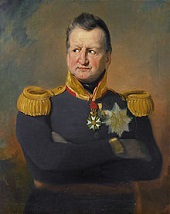










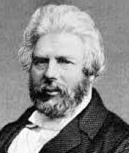









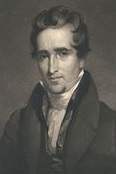

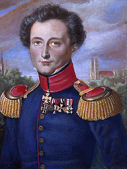

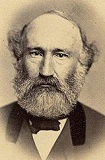
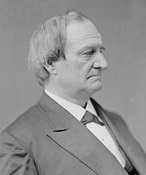
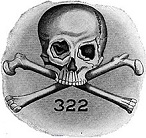



















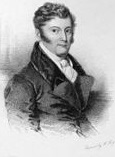

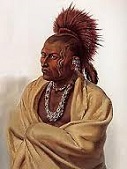
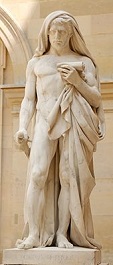
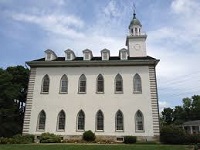
1832 The first U.S. cholera epidemic occurs in New York City; the European cholera pandemic reaches Scotland. After reaching one-third of the pop. of the Am. colonies by 1750, then accelerating in 1830, there are 10K+ German immigrants in the U.S., with immigration accelerating after the failed Revs. of 1848, reaching 200K by 1854, and 5M by 1900, bringing German culture with them, incl. love of beer, sauerkraut, bowling, the tuba, the Christmas tree, Santa Claus, and the Easter Bunny, along with a tradition of organized recreation on Sundays, which was forbidden by the Puritans, going on to found the first kindergarten and introduce physical and vocational education along with gymnasiums into public schools; in the late 19th cent. mass German immigration into New York City makes it the hub of bowling in the U.S. On Jan. 25 U.S. Sen. (DR-N.Y.) (1831-3) William Learned Marcy (1786-1857) gives a most williamly and marcily learned speech in the U.S. Senate defending his boss Pres. Jackson and his political patronage policies, with the immortal soundbyte: "We can see nothing wrong in the maxim that to the victors belong the spoils of the enemy", giving Jackson's "Spoils System" a name at last; big man Marcy resigns from the Senate and is elected N.Y. gov. #11, serving from Jan. 1, 1833 until Dec. 31, 1838. On Feb. 28 after El Salvadorian pres. Jose Maria Cornejo and Manual Jose Arce proclaim the separation of El Salvador from the Central Am Federation, federation troops under pres. Francisco Morazan attack San Miguel, El Salvador; on Mar. 17 the towns of Chalatenango in Metapan in El Salvador proclaim loyalty to the federation; on Mar. 14 the Battle of Jocoro is a V for the federals, followed by another V on Mar. 28 in San Salvador; Cornejo is taken POW, and Morazan takes control of El Salvador, calling for elections, which on July 25 elect Mariano Prado as pres. and Joaquin de San Martin as vice-pres. (until July 1, 1833); meanwhile the Insurrection of the Nonualcos ("mutes") (ends 1833) in El Salvador against forced labor, land seizure, oppressive taxes and landlords is led by Nonualco chief Anastasio Martir "Indio" Aquino (1792-1833), who assembles an army of 2K-5M men armed mostly with lances instead of firearms, attacking the hacienda in Jalponguita and advancing along the Comalapa and Lempa Rivers. On Mar. 8 Joseph Smith Jr. establishes the First Presidency (Quorum of the Presidency of the Church), the highest governing body of the LDS Church, consisting of Jesse Gause (785-1836) (until Dec. 3) and Sidney Rigdon (1793-1876) (until summer 1844); on Mar. 18, 1833 Rigdon is promoted from Second to First Counselor in the First Presidency. On Mar. 9 Abraham Lincoln (1809-65), who moved to New Salem, Ill. in Sangamon County in 1831 makes his first political speech while running for the state assembly; he loses, but plans to run again; meanwhile he works as a rail-splitter, postmaster, storekeeper, surveyor, and Indian suppresser. On Mar. 10 law prof. Jose Ignacio de Marquez Barreto (José Ignacio de Márquez) (1793-1880) of the Moderate Liberal Party becomes pres. of New Granada (Colombia) (until Oct. 7). On Mar. 17 the Siebener Concordat of the liberal Swiss cantons vows to mutually guarantee their new constitutions and begin action to revise the federal pact to make the central govt. stronger, causing the conservative cantons to create the League of Sarnen to resist them and maintain the 1815 status quo. This is the world we live in, let's make it a place worth living in, yah, or, Where's your crown? On Mar. 22 One-Man God Squad Johann Wolfgang von Goethe (b. 1749) dies in Weimar, and due to an excess of educated German males resulting from decades of compulsory school attendance that causes a rush into "free professions", the cream of the poets and novelists of Germany, incl. Paris exiles Heinrich Heine (1797-1856) and Karl Ludwig Borne (Börne) (Borne) (1786-1837), Christian Ludolf Weinbarg (1802-72), Karl Ferdinand Gutzkow (1811-78)>, Heinrich Laube (1806-84), Theodor Mundt (1808-61), Karl Immermann (1796-1840), Karl Georg Buchner (Büchner) (1813-37), Georg Friedrich Rudolph Theodor Herwegh (1817-75), Ferdinand Freiligrath (1810-76), Willibald Alexis (Georg Wilhelm Heinrich Haring) (Häring) (1798-1871), Adolf Glassbrenner (1810-76), and August Heinrich Hoffmann von Fallersleben (Hoffmann von Fallersleben) (1798-1874) form the old-people-shouldn't-drive Young Germany Movement, which attacks the reactionary govt., the Church, and apolitical Romanticism, promoting democracy, socialism, rationalism, separation of church and state, emancipation of the Jews, and increased rights for women, getting their pubs. banned in Dec. 1835 by the Frankfurt Bundestag; meanwhile Heinrich Heine (1797-1856), his brain squirming like a toad with the 1830 July Rev. skipped to Paris last year and gave up Romanticism for a more killer on the road mentality, staying there for life with his illiterate Paris shop girl babe Crescence Eugenie "Mathilde" Mirat, making only two short visits to Germany; too bad, after the wet dream year of 1848, the Young Germans turn old in a flash and descend into Schopenhauer-quoting pessimism? I have an army, do you? You show me yours and I'll show you mine? On Mar. 23 the U.S. Supreme (Marshall) Court rules 6-1 in Worcester v. Ga. that Ga. cannot pass a law making it a crime for non-Native Ams. to trespass on Native Am. lands, declaring that the U.S. govt. is the sole authority to deal with Native Am. nations, and that the embattled Cherokee Nation is a "distinct political community" within which Ga. law has no force, founding the doctrine of tribal sovereignty, pissing-off Pres. Jackson, who sides with Georgia and utters the soundbyte: "Marshall has made his decision, now let him enforce it", allowing Ga. to keep squeezing the hapless Cherokees - wait until the 1960s for the Court to get its racial decisions enforced by a U.S. pres.? On Mar. 24 a mob in Hiram, Ohio tars and feathers Mormon leaders Joseph Smith Jr. and Sidney Rigdon. On May 9 the Treaty of Payne's Landing in Fla. is signed by the U.S. and several Seminole chiefs, who agree to move W to Creek land in Ark. by Jan. 1, 1836 if suitable new land is found; in Oct. seven chiefs leave to tour it; the U.S. Senate ratifies the treaty in Apr. 1834. On May 14 after Sac (Sauk) chief Black Hawk (1767-1838) leads his British Band of about 50 Sac and Fox Indian warriors across the Mississippi River into Ill. to attack white settlers in the lands purchased for peanuts (stolen) from them, the Battle of Stillman's Run (Sycamore Creek) (Old Man's Creek) in Stillman Valley, Ill. sees 275 Ill. militia led by Mass.-born Maj. Isaiah Stillman (1793-1861) attack the redskins even though they carry a white flag, then flee in panic after 12 are killed, spreading news among the whites of a terrible massacre, and starting the Black Hawk War; after being defeated near the Wisconsin River on July 21, the Battle of Bad Axe on Aug. 1-2 is a thinly-disguised genocide of the Fox and Sauk nations in Ill. and Wisc., as starving Indians incl. women and children are massacred while attempting to flee back across the Mississippi River; Maj. Isaiah Stillman, Jefferson Davis of the regular army, and Capt. Abraham Lincoln of the Ill. volunteers participate; on Aug. 27 Black Hawk is captured, and his people settle on a rez in Iowa near Ft. Des Moines (Fr. "of the monks"); to rub it in James G. Edwars later suggests calling Iowa the Hawkeye State in honor of Black Hawk. On May 21 after 17 years in Europe, New York City-born writer Washington Irving (1783-1859) returns to New York City, and in the summer he goes on a surveying mission deep into Indian Territory (modern-day Okla.) with U.S. commissioner on Indian affairs Henry Leavitt Ellsworth, Charles La Trobe, and Count Albert-Alexandre de Pourtales, returning to pub. the bestseller A Tour on the Prairies, containing the first pub. description of the area around Stillwater, Okla., "a glorious prairie spreading out beneath the golden beams of an autumnal sun. The deep and frequent traces of buffalo, showed it to be a one of their favorite grazing grounds." On May 21-23 the Democratic-Republicans (modern Democrats), the party of the common man hold their 1832 Dem. Nat. Convention in Baltimore, Md. and renominate Andrew Jackson as pres., with Martin Van Buren of New York as vice-pres.; the Democrats never officially adopt a donkey as their emblem, but it fits? On May 27 mass demonstrations of 20K+ are held in Hambach, Germany at the ruins of Hambach Castle in favor of liberalism and nationalism - visit your pharmacist and just say, "Oops, I crapped my pants"? The original Rael? In May the new free-love Saint-Simonian Socialist religous sect of Barthelemy (Barthélemy) Prosper Enfantin (1796-1864) (who wears a breast badge titled "Pere", claims to be the Chosen of God, and sends emissaries out looking for his Female Messiah) is shut down by the French govt., and he ends up going to Egypt, where he tries to stir up interest in starting a Suez Canal before returning to France and going bourgeois. On May 16 council pres. (since Mar. 13, 1831) Casimir Pierre Perier (b. 1777) dies, and on June 5-7 the June Paris Uprising (Rebellion) sees student-led republicans unsucessfully revolt against Louis-Philippe; portrayed in Victor Hugo's 1862 novel "Les Miserables". On June 6 English utiliarian founder Jeremy Bentham (b. 1748) dies, and on June 9 English physician Thomas Southwood Smith (1788-1861) publicly dissects him at the Webb St. School of Anatomy in London, arguing for the use of corpses for medical dissection and causing the 1832 Anatomy Act to be passed, permitting the state to seize unclaimed corpses from workhouses and sell them to surgical schools to prevent grave robbery. On June 7 the First Reform Act (Great Reform Act of 1832) (1832 Representation of the People Act), supported by Lord Brougham is finally passed in Britain, extending the franchise from 500K to 1M upper-middle class voters (still, only one in seven adult males qualify); each county in England and Wales now sends (instead of two and one) a number of reps. proportional to its pop.; the Irish Reform Act 1832 is also passed, giving Ireland 105 seats in Commons, and the £10 franchise is introduced in boroughs as well as the counties; Ireland continues to send two reps and Scotland one from each county. On June 10 the Battle of Anahuac near Anahuac, Tex., followed on June 25-26 by the Battle of Velasco in Fort Velasco, Tex. are the first blood drawn in the deteriorating peace between Texas and Mexico. On June 28 Egyptian forces under Mehmet Ali's eldest son Ibrahim Pasha (1789-1848) retake Damascus, which has been under Egyptian control since 1516 (until 1841), giving them control of all of Syria, after which they halt while Mehmet Ali tries to negotiate with the sultan, and when that fails, they march into Anatolia, threatening Konya, which is captured on Nov. 21, causing Sultan Mahmud II to send a large army to stop them. On June 28 the Germanic Confederation adopts the Six Articles, reasserting absolute sovereign authority of federal over state law, and threatening any liberal and radical activists with stern measures, beginning with the prohibition of all public meetings combined with police surveillance in July. On July 21 the Greek War of Independence (begun Mar. 6, 1821) ends after Bavarian teeny-bopper Otho, 2nd son of Louis I of Bavaria is offered the Greek throne by the great Euro powers, and (being young and romantic?) he accepts. On Oct. 7 gen. Francisco Jose de Paula Santander y Omana (Francisco José de Paula Santander y Omaña) (1792-1840) of the Liberal Party becomes pres. #5 of New Granada (Colombia) (until Apr. 1, 1837). In Oct. the nullificationists win the S.C. state elections, and a state convention meets in Nov., overwhelmingly adopting an Ordinance of Nullification on Nov. 24, forbidding collection of the duties after Feb. 1; John Caldwell Calhoun (1782-1850) is elected to the U.S. Senate, causing him to resign from the vice-presidency (first to resign from that position) on Dec. 28 in order to defend nullification on the Senate floor, where he becomes a leader in the states-rights movement and one of the "great triumvirate" of U.S. political orators along with Clay and Webster. On Nov. 15 after the Dutch leave a garrison in the citadel, led by David Hendrik, Baron Chasse (Chassé) (1765-1849), allowing them to bombard the town, the Siege of Antwerp by the French under Marshal Gerard begins, taking the citadel on Dec. 23 and returning it to Belgium; leaving the Belgium independent, although a formal treaty is not signed until 1839; Leopold I gives France several cannon in gratitude, and offers Gerard a sword of honor; a French monument to the dead is sculpted in 1897, but Antwerp refuses it, and it is placed in Tournai. On Nov. 26 the first public streetcar service begins in New York City, charging 12.5 cents. In Nov. the Andrew Jackson/Martin Van Buren ticket wins 55% of the nat. vote, with 219 electoral votes to Henry Clay's 49 and William Wirt's 9. On Dec. 2 Sam Houston is commissioned by Pres. Jackson to negotiate treaties with the Indian tribes in Texas for the protection of U.S. traders, and decides to move there, settling in a subdivision of Coahuila province of the 11-y.-o. Mexican Repub. (pop. 8M), containing 20K Anglos and 5K Hispanics; J.Q. Adams later claims that Houston and Pres. Jackson were in a conspiracy to steal Texas for the U.S. On Dec. 4 U.S. Pres. Andrew Jackson gives his Fourth Annual Message to Congress, announcing his attention to enforce the tariff but asking them to lower the rates; on Dec. 10 Jackson issues the Anti-Nullification Proclamation, prepared by secy. of state Edward Livingston, decrying the claim by states that they can nullify federal laws as an "impractical absurdity", saying, "Be not deceived by names: disunion by armed force is treason"; he then sends Gen. Winfield Scott with federal soldiers to Charleston Harbor to reinforce Ft. Moultrie and Castle Pinckney. On Dec. 21 the Egyptians under Ibrahim Pasha defeat the Turks at the Battle of Konya in Asia Minor 150 mi. S of Ankara on the W edge of the Plain of Lycaonia, opening their way to Istanbul, causing the sultan to beg for help from Britain and France, who turn him down because they're preoccupied in Belgium, leaving him no choice but to approach former enemy Russia, which unexpectedly accepts, sending 18K-40K men, which causes the Egyptians to back down and begin negotiating with the sultan; for this Greek ally Nicholas I of Russia forces the Turks to give him shipping rights - the road is clear for the Onassises? On Dec. 27 while living in Kirtland, Ohio, Mormon founder Joseph Smith Jr. announces a revelation calling upon church members to restore the practice of worshiping in temples, fulfilling Malachi 3:1, with the soundbyte: "Establish a house, even a house of prayer, a house of fasting, a house of faith, a house of learning, a house of glory, a house of order, a house of God"; the Kirtland Temple is dedicated on Mar. 27, 1836, becoming their first; after "Doctrines and Covenants" 109:20 specifies: "No unclean thing shall be permitted to come into thy house to pollute it", only adult males who have been ordained to the Melchizedek Priesthood are allowed to enter a temple, along with their wives, but only after receiving a Temple Recommend issued by the bishop or stake pres. after a solemn worthiness interview, featuring 14 questions; meanwhile Joseph Smith Jr. and Sidney Rigdon receive a revelation about the Three Degrees (Kingdoms) of Glory (Three Heavens) for people after they are resurrected from the spirit world, incl. the celestial kingdom, terrestrial kingdom, and "telestial kingdom"; those who have committed the unpardonable sin will be banished to outer darkness with Satan as Sons of Perdition. Mamluk rule of Iraq (since 1747) is ended with the overthrow of the Mamluk ruler, and it comes under direct Turkish rule. The Algerians under Sufi Muslim leader Abdelkader ibn Muhieddine El Djezairi (1808-34) begin a revolt against the French. Muslim Caucasian resistance Ghazi Mollah dies at the Battle of Gimry, and only two Murids escape, incl. new Caucasian imam #3 (until 1859) Shamil (Schamyl) (1797-1871), who becomes leader of the resistance. Britain occupies the Falkland Islands - I don't feel any happier, how about you? Louis Philippe fortifies Vincennes, France and turns it into a military depot with a large barracks, fortress and prison, whic later hosts noble notables incl. Henry IV, the Great Conde, Cardinal de Retz, Mirabeau, Duc d'Enghien, and even Mata Hari. The Irish Parliament is reformed to increase the number of members from 100 to 105 and give the middle class more power vis a vis the pro-English aristocracy. The New England Anti-Slavery Society in Boston, Mass. is founded by William Lloyd Garrison, demanding immediate and complete emancipation. Congress authorizes a commissioner of Indian affairs to direct the U.S. Bureau of Indian Affairs. The pillory (pilori) (carcan) (pranger) is abolished in France, followed by England in 1837, and the U.S. in 1839, except for Delaware, which keeps it until 1905. Ecuador annexes the Galapagos Islands. In 1832 the word "socialism" comes into use in England and France. The city of Fort Pierre, S.D. (modern-day pop. 2K) is founded as a trading post by St. Louis, Mo.-born fur trader Pierre Chouteau Jr. (Pierre Cadet Chouteau) (1789-1865) on the N side of the mouth of the Bad River to replace Fort Tecumseh (founded 1817). The Star-Ledger (originally the "Newark Daily Advertiser", then the "Newark Star-Eagle") is founded in Newark, N.J., becoming the largest newspaper in N.J., reaching a modern-day circ. of 114K daily and 359K on Sun. Swiss-born Barbizon School painter Johann Karl (Carl) (Jean-Charles) Bodmer (1809-93) accompanies German explorer Prince Alexaner Philipp Maximilian zu Wied-Neuwied (1782-1867) on an expedition down the Missouri River, painting Indian life all the way. The first horse-drawn trolleys begin operation in New York City. The first French railroad line (from St. Etienne to Andrézieux) (opened 1828) begins carrying passengers. The school board of Lancaster, Ohio attempts to block a railroad from coming to town with its learned observation: "Railroads and telegraphs are impossible and rank infidelity. If God had intended his intelligent creatures should travel at the frightful speed of 16 miles an hour by steam, he would clearly have foretold it in the holy prophets. It is a device of Satan to lead immortal souls down to Hell." The town of Broken Arrow, Okla. in NE Okla. is founded by Creeks expelled from Ala. along the Trail of Tears, who call it Rekackv (pr. thlee-KAWTCH-kuh), meaning broken arrow; in 1902 the Missouri-Kan.-Tex. Railroad builds a new town 5 mi. to the N (18 mi. SE of Tulsa). The town of Downers Grove, Ill. (modern-day pop. 48K) is founded by N.Y. evangelist Pierce Downer; the town's name is spelled with an apostrophe until 1873. Burgos, once the capital of Castile-Leon becomes the capital of the province of Burgos. The city of Saint (St.) Paul, Minn. (originally named Pig's Eye) (modern-day pop. 285K/3.5M) is first settled by 1-eyed Pierre "Pig's Eye" Parrant (Parent); it is incorporated on Mar. 4, 1854. Ft. Pierre Chouteau (later Ft. Pierre) in S.D. on the Missouri River 200 mi. E of Rapid City and 4 mi. S of the geographic center of N. Am. is founded, named after French Creole fur trader Jean Pierre Chouteau Sr. (1758-1849), who with his half-brother Rene August Chouteau Jr. (1749-1829) (founder of St. Louis, Mo.) are known as "the river barons", holding monopoly rights in the fur trade with the Osage. British explorer Brian Houghton Hodgson (1800-94) pub. his experiences in N Nepal incl. the first report of the Yeti, which he concludes is an orangutan; the term "Abominable Snowman" is coined in 1921. Henry Schoolcraft returns to N Minn. (1st time 1820) and discovers the true source of the Mississippi River in Lake Itasca (Lat. "veritas caput" = true head) in NW Minn.; later Schoolcraft River, the first major tributary is named in his honor. Future British Queen Victoria writes about her delight in her German Christmas tree, complete with lights, ornaments, and presents underneath; after her 1841 marriage to Prince Albert, the Christmas tree custom begins to spread, and in 1848 the Illustrated London News pub. an image of the British royal family with their Christmas tree at Windsor Castle, creating a sensation, causing it to be repub. in the U.S. in 1850, doing ditto; by the 1870s Christmas trees are common in the U.S. The Campbellites and Stoneites join in fellowship with a handshake, becoming known as the Stone-Campbell Movement and calling themselves the Church (Disciples) of Christ. After converting to Methodism in 1823, then reading the Book of Mormon in 1830, Whittingham, Vt.-born traveling carpenter Whittingham, Vt.-born Brigham Young (1801-77) (four brothers) joins the LDS Church, and travels to Upper Canada as a missionary, losing his first wife (since Oct. 8, 1824) Miriam Angeline Works (1806-32) a few mo. after they are baptized; after becoming a polygamist, he marries 54 more, fathering 59 children by 16 of them, of which 46 reach adulthood, later claiming that when he first heard about plural marriage "It was the first time in my life that I desired the grave" - bring 'em young, bring 'em old? After a dispute over Phi Beta Kappa awards, the Order of the Skull & Bones secret society is founded at Yale U. by William Huntington Rusell (1809-85) and Alphonso Taft (1810-91), going on to develop a rep for association with the power elite and being associated with the 13 Family Bloodlines of the Illuminati; only 15 white male Yale seniors, are invited each year, and initiates must swear an oath of secrecy in the Skull and Bones Tomb, where meetings are held every Thur. and Sun. evening; Masonic-type initiation rites incl. kissing a skull, which was dug up in WWI by a group of Army volunteers from Yale stationed at Ft. Sill, Okla., who believe it to be the skull of Geronimo, which was was buried there in 1909; it goes coed in 1992; members (Bonesmen) incl. U.S. Pres. William Howard Taft, U.S. Chief Justice Morrison R. Waite, U.S. Pres. George H.W. Bush, U.S. Pres. George W. Bush, CIA founder James Jesus Angleton, Time Life founders Henry Luce and Briton Hadden, U.S. Sen. John Kerry, Morgan Stanley co-founder Harold Stanley, and FedEx founder Frederick W. Smith. Millard Fillmore is elected to the U.S. House of Reps. from N.Y.'s 32nd District, taking office next Mar. 4 (until Mar. 3, 1843). Scottish-born William Chambers of Glenormiston (1800-83) founds the weekly 1-penny Chambers's Edinburgh Journal, which is joined by his brother Robert Chambers (1802-71), and becomes a success, reaching a circ. of 84K; in 1854 it becomes "Chambers's Journal of Literature, Science and the Arts"; it folds in 1956. Revivalist Charles G. Finney settles down in New York City, where he becomes pastor of the Second Presbyterian Church, moving to the Broadway Tabernacle in 1835-7, then becoming prof. of theology at Oberlin College in Ohio, rising to pres. in 1851-66. Harriet Beecher Stowe's father moves from Conn. to Cincinnati, Ohio, and she visits plantations in Ky., confirming her opposition to slavery, going on to marry Calvin Stowe and have six children before writing her Big Two in 1852 and 1856. John James Audubon lives in the Audubon House in Key West, Fla. while painting the wildlife of the Florida Keys. Robert Smith Surtees (1803-64) of Durham becomes ed. of the New Sporting Mag. in England (until 1837), contributing humorous articles about the sporting experiences of a cockney grocer named Jorrocks, which are a big hit. Amalie Sieveking (1794-1859) founds the Women's Assoc. for the Care of the Poor and the Sick to send bourgeois women into the homes of lower-middle-class families to teach them virtue and cleanliness. Charles Philipon founds Le Charivari. Presbyterian Lane Theological Seminary in Walnut Hills, Cincinnati, Ohio is founded, with Lyman Beecher (1775-1863) as pres. #1, who takes the pro-slavery side in divisive debates in 1834, refusing to let African-Am. take classes, resulting in the Lane Rebels, incl. 50 students, a prof., and a trustee being dismissed and heading for Oberlin College; also in 1834 Beecher pub. the anti-Catholic tract "A Plea for the West", after which the Ursiline Sisters convent is burned. Am. physician Samuel Gridley Howe founds Perkins Inst. for the Blind in Boston, Mass., named after wealthy blind Boston merchant Col. Thomas Handasyd Perkins (1764-1854), later made famous by Hellen Keller. The Penny Mag. is founded in England to bring knowledge to da pooh people. M. Welte and Sons is founded in Vohrenbach in the Black Forest of Germany by Michael Welte to produce high quality musical instruments, going on to produce orchestrions (music roll machines) starting in 1850. Architecture: The Maine State Capitol in Augusta, designed by Charles Bulfinch of Boston is built. Moritz von Schwind (1804-71) decorates the Tieck Room in the Royal Palace of Vienna (1832-4). Inventions: James Bogardus (1800-74) of New York City invents the Eccentric Universal Mill, used for grinding lenses and finishing ball bearings. The Cigarette is invented by an Egyptian artilleryman in the Egyptian-Turkish War after first inventing the use of paper tubes for holding cannon gunpowder rounds. Walter Hunt (1796-1859) of New York City invents a true sewing machine, introducing an eye-pointed needle and interlocked stitch, but refuses to apply for a patent because of fear of "injuring society" by throwing seamstresses out of work (either that or he gets snubbed by a few investors); meanwhile he has many other inventions under development, incl. the safety pin (which he sells for $400), knife sharpener, fountain pen, street sweeping machine, revolver, and repeating rifle. Irish inventor John Howard Kyan (1774-1850) patents the Kyanizing Process for preserving wood, canvas, cloth etc. using a solution of bichloride of mercury. Belgian physicist Joseph Antoine Ferdinand Plateau (1801-83) invents the Phenakistoscope (spindle-viewer), the first moving picture device. Austrian Jewish confectioner Franz Sacher (1816-1907) of Vienna invents Sachertorte chocolate cake with apricot jam for Austrian chancellor Klemens Wenzel von Metternich, making Vienna famous as the place to get your sugar and chocolate fix along with your caffeine and tobacco fix; it is later served at the Hotel Sacher. English physicist William Sturgeon (1783-1850) invents the first DC Electric Motor with a Commutator. Science: Hungarian mathematician Janos Bolyai (1802-60) pub. his system of non-Euclidean geometry. Michael Faraday pub. a pictorial representation of electric and magnetic lines of force, introducing the Field Concept into physics, showing radial instead of straight field lines, rocking the scientific world. French mathematician Evariste (Évariste) Galois (b. 1811) dies on May 31 in Paris after a duel, leaving revolutionary papers giving necessary and sufficient conditions for the solution of equations by radicals using invariant (normal) subgroups, founding mathematical Group Theory; super-mathematician Gauss looks the stuff over and shrugs it off? English physicist Joseph Henry (1797-1878) discovers self-induced currents (inductance). English paleontologist Gideon Algernon Mantell (1790-1852) discovers the Hylaeosaurus in Tilgate Forest, England, becoming the 3rd dinosaur to be named. Baron Karl von Reichenbach discovers creosote in coal tar, along with pittacal (Gr. "tar + beautiful"), the first synthetic dye to be produced commercially, after he tries putting creosote on posts to keep dogs from pissing on them, and notes a dark blue deposit when they do it anyway; yellow crystalline eupittone is obtained from the oxidation of pittacal - dog piss jokes here? Weber's Law of just-noticeable differences is pub. by German physicist Wilhelm Eduard Weber (1804-91). German chemists Friedrich Wohler (Wöhler) (1800-82) and Justus von Liebig (1803-73) pub. a collaborative study of oil of bitter almonds (benzaldehyde), establishing the existence of organic radicals. Nonfiction: Louis Agassiz (1807-73), Researches on Fossil Fishes (5 vols.) (1832-42); prof. of natural history at the U. of Neuchatel (1832-46). William Alexander Alcott (1798-1856), The Young Man's Guide. Albert Barnes (1798-1870), Notes on the New Testament, Explanatory and Practical (6 vols.) (1832-51); bestseller (1M copies). Andres Bello (1780-1865), Principios de Derecho Internacional (Principles of Internat. Law). Cesare Cantu (1804-95), La Lombardia nel Secolo XVII; pisses-off the Austrians, getting him imprisoned for over a year, during which he writes a novel about a fellow prisoner using a toothpick and carbon black (pub. 1838). Thomas Carlyle (1795-1881), Sartor Resartus (The Tailor Retailored) (Boston); preface by Ralph Waldo Emerson; first pub. in Fraser's Mag. (1833-4); an unnamed editor attempts to introduce the British public to Diogenes Teufelsdrockh, German philosopher of clothes, known for his outlandish philosophy, a disguised attck on Utilitarianism and commercialization of society; the "Everlasting No", the "Centre of Indifference", and the "Everlasting Yea". Carl von Clausewitz (1780-1831), On War (Vom Kriege) (3 vols.) (posth.); ed. and pub. by his wife Countess Marie von Bruhl (1779-1836); a prof. soldier, disciple of Prussian Gen. Gerhard Johann David Waitz von Scharnhorst (1755-1813) who spent most of his life fighting Napoleon while educating himself on history, art, and science gives his analysis of war based on a dialectical method, with the gen. message being that "the conduct of war could not be reduced to universal principles", and that war belongs fundamentally to the social realm, not the realms of art or science; "War is not merely a political act, but also a real political instrument, a continuation of political commerce, a carrying out of the same by other means", i.e., an instrument of Politik (policy + politics); the two main objectives of war are to achieve limited aims, and to disarm the enemy (render him politically helpless or militarily impotent); all else being equal, the war will tend to favor the side with the stronger emotional or political motivations, and the defender; discusses "military genius", "critical analysis", "the fascinating trinity" (Wunderliche Dreifaltigkeit), "absolute or ideal war" vs. "real war", "the fog of war"; strategic and operational "centers of gravity"; "the culiminating point" of the offensive or the victory; never uses the term "total war", but later disciples read it between the lines; meanwhile the work makes him "the preeminent military and political strategist of limited war in modern times." (Robert Osgood) - pull up to the boy's club in one of these? ?, Boswell's Johnson. Walter Cooper Dendy (1794-1871), On the Phenomena of Dreams and Other Transient Illusions. John Bovee Dods (1795-1872), Twenty-Four Short Sermons on the Doctrine of Universal Salvation. William Dunlap (1766-1839), History of the American Theatre. Johann Peter Eckermann (1792-1854) (ed.) Goethe's Nachgelassene Schriften (Goethe's Last Writings) (1832-3). Anselm von Feuerbach (1775-1833), Kasper Hauser, Beispiel eines Verbrechens am Seelenleben des Menschen. Erik Gustaf Geijer (1783-1847), Svenska Folkets Historia (3 vols.) (1832-6); Swedish history until 1654. Washington Irving (1783-1859), A Tour on the Prairies; incl. the first pub. description of the area around Stillwater, Okla., "a glorious prairie spreading out beneath the golden beams of an autumnal sun. The deep and frequent traces of buffalo, showed it to be a one of their favorite grazing grounds." Adoniram Judson, The New Testament in Burmese; first-ever. Richard Lemon Lander (1804-34), Journal of an Exhibition to Explore the Course and Termination of the Niger. Harriet Martineau (1802-76), Illustrations of Political Economy (1832-4); makes her a celeb. and gains her entrance into the circle of Thomas Malthus, Thomas Carlyle, Henry Milman, and George Eliot. Barthold Georg Niebuhr (1776-1831), Roman History, Vol. 1 (posth.). Sir Francis Palgrave (1788-1861), The Rise and Progress of the English Commonwealth. Isidore Geoffrey Saint-Hilaire (1805-61), Histore Generale et Particuliere des Anomalies de l'Organisation chez l'Homme et les Animaux (1832-7); giant work on teratology (monsters). Philip Stanhope, 5th Earl Stanhope (1805-75), History of the War of the Succession in Spain. Alexis de Tocqueville (1805-59), Du Systeme Penitentiaire aux Etats-Unis et de son Application. Frances Trollope (1780-1863), Domestic Manners of the Americans (2 vols.); nets him £900 the first year in royalties, but he ends up bankrupt in England by 1834, fleeing to Belgium to avoid prison. Richard Whately (1787-1863), A View of the Scripture Revelations Concerning a Future State; advances the belief in Christian mortalism (soul sleep). Music: Hector Berlioz (1803-69), Symphonie Fantastique, Op. 14 (rev. version) (Paris). Frederic Chopin (1810-49), Etude Op. 10, No. 3 (Tristesse); his most beautiful melody, he thinks. Gaetano Donizetti (1797-1848), L'Elisir d'Amore (comic opera) (May 12) (Teatro della Canobbiana, Milan); libretto by Felice Romani; written in six weeks; becomes the most performed opera in Italy in 1838-48; incl. the tenor aria Una Furtiva Lagrima (A Secret Tear). Jacques Fromental Halevy, La Tentation (opera). Ferdinand Herold, Le Pre aux clercs (Paris). Felix Mendelssohn (1809-47), The Hebrides Overture (Fingal's Cave); inspired by Fingal's Cave, the Scottish side of the Giant's Causeway on Staffa (Pillar) Island. Filippo Taglioni, La Sylphide; the first Romantic ballet, written for his daughter Marie, who dances the title role in a new costume that features a light white skirt ending halfway between knee and ankle, leaving arms, neck and shoulders bare. Art: George Catlin, Portrait of Chief Lone Horn [1790-1875]; chief of the Minneconjou Teton Lakota in S.D.; wears a single shell (horn) around his neck as an heirloom from his father. John Constable (1776-1837), Waterloo Bridge from Whitehall Stairs. Ando Hiroshige (1797-1858), Fifty-three Stages of the Tokaido (Ukiyoe). Jean-Baptiste Roman (1792-1835), L'Innocence (sculpture); a nude girl holds a lizard, symbol of innocence; Caton d'Utique lisant le Phédon avant de se donner la mort (sculpture); finished by his friend Francois Rude (1784-1855); Cato of Utica Reading the Phaedo of Plato on the Death of Socrates Before Committing Himself to Death (sculpture); finished by his friend Francois Rude; big hit among French revolutionaries. John Trumbull (1756-1843), Death of General Montgomery. Plays: Casimir Delavigne (1793-1843), Louis XI. Alexandre Dumas pere and Gaillardet, Teresa la Tour de Nesle. Johann Wolfgang von Goethe (1749-1832), Faust, Pt. 2 (posth.) (Pt. 1 in 1808); about medieval magician Johann Faust; a poodle turns into something evil?; Goethe's masterpiece; the first great work of modern lit.?; "Wenn ihr's nicht fühlt, ihr werdet's nicht erjagen" (If you don't feel it, you'll never get it). Victor Hugo (1802-85), The King Amuses Himself (Le Rois s'Amuse); the source for Verdi's Rigoletto. Karl Immermann (1796-1840), Alexis (tragedy). Fanny Kemble (1809-93), Francis the First. Poetry: J.Q. (John Quincy Adams (1767-1848), Dermot MacMurrogh; about mean Henry II; associates the Roman Catholic Church with English aggression; the first U.S. pres. to publish poetry. Adolf Ivar Arwidsso (1791-1858), Ungdoms Rimfront. Theophile Gautier (1811-72), Albertus. Leigh Hunt (1784-1859), Poetical Works. Adam Mickiewicz (1798-1855), The Books of the Polish Nation and of Polish Pilgrimage. Novels: Karl Almqvist (1793-1866), The Book of the Thorn-Rose; a group of romances which make him an instant hit, which is good since in 1813 he left his secure Swedish civil job to start his own hippie, er, cooperative commune in Varmland, which went bust; too bad, after years on top, in 1851 he gets charged with forgery and murder and takes a hike to the U.S, where he ekes out a living under an alias until 1865, then moves to Bremen, eking on under the name C. Westermann until his death - you're dangerous baby, zow? Honore de Balzac (1799-1850), Le Colonel Chabert. Jules Amedee Barbey d'Aurevilly (1808-89), Lea (Léa). Edward George Bulwer-Lytton (1803-73), Eugene Aram. Benjamin Disraeli (1804-81), Contarini Fleming (autobio. novel). John Galt (1779-1839), The Member; The Radical; Stanley Buxton (3 vols.). Washington Irving (1783-1859), The Alhambra. John Pendleton Kennedy (1795-1870), Swallow Barn (first novel); rural Va. life. Nikolaus Lenau (1802-50), Gedichte (Stuttgart); dedicated to Gustav Schwab (1792-1850). Samuel Lover (1797-1868), Legends and Stories of Ireland (first book); illustrated with his own etchings. Charles Nodier (1780-1844), La Fee aux Miettes; Souvenirs de Jeunesse. James Kirke Paulding (1778-1860), Westward Ho! Silvio Pellico (1788-1854), Le Mie prigioni. George Sand (1804-76), Indiana (first solo novel, under her real name Amantine Aurore); Valentine. Charlotte Elizabeth Tonna (1790-1846), Combination (first novel). Frances Trollope (1780-1863), The Refugee in America. Alfred de Vigny (1797-1863), Stello; a philosophical dialogue between Dr. Noir (the Black Doctor) and Stello that examines the relation of poetry to society and concludes that the poet is doomed to be regarded with suspicion in every social order and must "separate poetic life from political life". Births: Am. Army scout Thomas Jefferson "Tom" Jeffords (d. 1914) on Jan. 1 in Chautauqua County, N.Y.; friend of Cochise. French engraver-illustrator Paul Gustave Louis Christophe Dore (Doré) (d. 1883) on Jan. 6 in Strasbourg. Am. "Ragged Dick" dime novelist (child pederast?) Horatio Alger Jr. (d. 1899) on Jan. 13 in Chelsea, Mass.; descendant of Pilgrim Robert Cushman; grows up in Marlborough, Mass.; educated at Harvard U. British diplomat Horatio Nelson Lay (d. 1898) on Jan. 23 in Forest Hill, Kent. French Impressionist "Olympia", "Luncheon on the Grass" painter Edouard Manet (d. 1883) on Jan. 23 in Paris; studies in the Ecole des Beaux-Arts under Thomas Couture; influenced by but does not exhibit with the Impressionists; turns everyday scenes into caricatures of the future big screen of cinema using simple colored areas and summary brush strokes used in small sketches; his favorite model is Victorine Meurent (1844-1927). Am. atty.-diplomat Joseph Hodges Choate Sr. (d. 1917) on Jan. 24 in Salem, Mass.; educated at Harvard U. U.S. Supreme Court justice #53 (1892-1903) George Shiras Jr. 9d. 1924) on Jan. 26 in Pittsburgh, Penn.; educated at Ohio U., and Yale U. English "Alice's Adventures in Wonderland" 6'0" mathematician-logician-writer-poet Lewis Carroll (Charles Lutwidge Dodgson) (d. 1898) on Jan. 27 in Daresbury, Cheshire; educated at Rugby School, and Oxford U.; deaf in one ear; has a stammper; teaches math at Oxford; likes to write standing up; good photographer who likes to take pictures of you-know-who (Alice Liddell). Am. Civil War Confed. brig. gen. and Dem. gov. #53 of Ga. (1886-90) John Brown Gordon (d. 1904) on Feb. 6 in Upson County, Ga. English "On Megrim" migraine physician Edward Liveing (d. 1919) on Feb. 8 in Nayland, Suffolk; brother of George Downing Liveing (1827-1924); educated at King's College, London, and Caius College, Cambridge U. U.S. Sen. (R-Colo.) (1879-85) and chemist Nathaniel Peter Hill (d. 1900) on Feb. 18 in Montgomery, N.Y.; educated at Brown U. Am. Methodist Episcopal bishop John Heyl Vincent (d. 1920) on Feb. 23 in Tuscaloosa, Ala.; founder of the Chautauqua Assembly (1874). Am. Arctic explorer-physician Isaac Israel Hayes (d. 1881) on Mar. 5 in Chester County, Penn.; educated at the U. of Penn. Spanish "The Three-Cornered Hat" novelist-politician Pedro Antonio de Alarcon y Ariza (d. 1891) on Mar. 10 in Guadix (near Granada); councilor to Alfonso XII. Am. statesman John Owens Dominis (d. 1891) on Mar. 10 in Schenectady, N.Y.; husband (1862-91) of Hawaiian Queen Liliuokalani (1838-1917). French chemist Charles Friedel (d. 1899) on Mar. 12 in Strsbourg; educated at the U. of Strasbourg, and Sorbonne; student of Louis Pasteur; father of Georges Friedel (1865-1933). Am. "Testimonies Concerning Slavery" abolitionist humanist journalist-historian (Unitarian) Moncure Daniel Conway (Gael. "holy river") (d. 1907) on Mar. 17 in Falmouth, Stafford County, Va.; wealthy slaveholder father; educated at Dickinson College, and Harvard U.; husband of Ellen Davis Dana (-1897). Am. Civil War Union Gen., atty., Ind. state rep., judge, U.S. postmaster gen. #31 (1883-4), U.S. treasury secy. #35 (1884), U.S. secy. of state #33 (1893-5) Walter Quintin Gresham (d. 1895) on Mar. 17 near Lanesville, Ind. Hungarian traveler-writer (Jewish) Armin Vambery (Hermann Bamberger) (d. 1913) on Mar. 19 in Duna-Szerdahely; masters 12 languages by age 16. French vice-adm. Abel-Nicolas Georges Henri Bergasse Dupetit Thouars (d. 1890) on Mar. 23 in Bordeaux-Les-Rouches; maternal nephew of Abel Aubert Dupetit Thouars (1793-1864). Scottish painter Sir William Quiller Orchardson (d. 1910) on Mar. 27 in Edinburgh; descended from the Urquhartsons of Loch Ness. U.S. rep. (D-Tex.) (1883-92) and U.S. sen. (D-Tex.) (1892-9) Roger Quarles Mills (d. 1911) on Mar. 30 in Todd County, Ky. French PM (1879-81, 1883-5) Jules Francois Camille Ferry (d. 1893) on Apr. 5 in Saint Die (Vosges). U.S. Supreme Court justice #54 (1893-5) Howell Edmunds Jackson (d. 1895) on Apr. 8 in Paris, Tenn.; grows up in Jackson, Tenn.; educated at West Tenn. College, and U. of Va. English Wimshurst Machine inventor James Wimshurst (d. 1903) on Apr. 13 in Poplar. German "Max and Moritz" caricaturist-painter-poet (inventor of the comic strip?) Wilhelm Busch (d. 1908) on Apr. 15 in Wiedensahl (near Hanover). Spanish dramatist Jose (José) Echegaray y Eizaguirre (d. 1916) on Apr. 19 in Madrid. U.S. First Lady (1881) (Disciples of Christ) Lucretia Rudolph Garfield (d. 1918) on Apr. 19 in Garrettsville, Ohio; wife (1858-) of Pres. James Garfield. Am. journalist-politician and U.S. agriculture secy. #3 (1893-7) (founder of Arbor Day) Julius Sterling Morton (d. 1902) on Apr. 22 in Adams, N.Y.; raised in Detroit, Mich.; educated at the U. of Mich; father of Joy Morton (1855-1934). Am. Western historian and art collector Hubert Howe Bancroft (d. 1918) on May 5 in Granville, Ohio. German mathematician-physicist Carl Gottfried Neumann (d. 1925) on May 7. German mathematician Rudolf Otto Sigismund Lipschitz (d. 1903) on May 14. Am. meatpacking king Philip Danforth Armour (d. 1901) on May 16 in Stockbridge, N.Y.; brother of Herman Ossian Armour (1837-1901); father of Jonathan Ogden Armour (1863-1927). Am. architect William Robert Ware (d. 1915) on May 27 in Cambridge, Mass.; Unitarian minister father; educated at Harvard U.; first architecture prof. at MIT (1865); inventor of instant-runoff voting (1870). English "The Light of Asia" poet Sir Edwin Arnold (d. 1904) on June 10 in Gravesend, Kent; father of Edwin Lester Arnold (1857-1935); educated at University College, Oxford U. German internal-combustion engine inventor Nikolaus August Otto (d. 1891) on June 10 in Hozhausen an der Haide, Nassau; father of Gustav Otto (1883-1926). English chemist-physicist Sir William Crookes (d. 1919) on June 17 in London; educated at the Royal College of Chemistry; knighted in 1897; inventor of the Crookes (cathode ray) tube, radiometer, and spinthariscope (scintillation counter); discoverer of the element thallium. Am. politician and U.S. solicitor gen. #1 (1870-2) and U.S. treasury secy. #30 (1874-6) Benjamin Helm Bristow (d. 1896) on June 20 in Elkton, Ky.; educated at Jefferson College, Penn. Cuban Platt Amendment pres. #1 (1902-6) gen. Tomas (Tomás ) Estrada Palma (d. 1908) (b. 1835?) on July 9 near Bayamo. Am. astronomer Alvan Graham Clark (d. 1897) on July 10 in Fall River, Mass.; son of Alvan Clark (1804-87). Am. Theosophical Society co-founder Col. Henry Steel Olcott (d. 1907) on Aug. 2 in Orange, N.J.; first well-known person of Euro ancestry to convert to Buddhism, which he revives in Sri Lanka; educated at CCNY, and Columbia U. German psychologist ("Father of Experimental Psychology") Wilhelm Maximilian Wundt (d. 1920) on Aug. 16 in Neckarau, Baden. Am. inventor-balloonist ("America's 1-Man Civil War Air Corps") Thaddeus Sobieski Constantine "T.S.C." Lowe (d. 1913) on Aug. 20 in Jefferson Mills, N.H. Spanish pres. #4 (1873-4) Emilio Castelar y Ripoli (d. 1899) on Sept. 7 in Cadiz. Welsh lyric poet-musicologist ("the Robert Burns of Wales") John Ceiriog Hughes (d. 1887) on Sept. 25 in Llanarmon Dyffryn Ceiriog; #1 19th cent. Welsh poet. Am. architect ("Father of the American Skyscraper") William Le Baron Jenney (d. 1907) on Sept. 25 in Fairhaven, Mass.; educated at Harvard U. British field marshal (1895-) Frederick Sleigh "Bobs" Roberts, 1st Earl Roberts of Kandahar, Pretoria and Waterford (d. 1914) on Sept. 30 in Cawnpore, India; educated at Eton College, and Sandhurst; created baron in 1892 - bloody bloody pip pip and all that rot? U.S. First Lady (1889-92) Caroline Lavinia Scott Harrison (d. 1892) on Oct. 1 in Oxford, Ohio; wife (1953-) of Pres. Benjamin Harrison. Am. "Marching Through Georgia", "Kingdom Coming", "My Grandfather's Clock" composer-songwriter Henry Clay Work (d. 1884) on Oct. 1 in Middletown, Conn. German botanist Julius von Sachs (d. 1897) on Oct. 2 in Breslau, Prussia (Wroclaw, Poland). English anthropologist ("Father of Cultural Anthropology") (Quaker) Sir Edward Burnett Tylor (d. 1917) on Oct. 2 in Camberwell, London; knighted in 1912. U.S. Civil War Brig. Gen. Joseph Fulton Boyd (d. 1907) on Oct. 4 in Ohio. Am. Ariz. pioneer "Lord" Phillip Darrell Duppa (d 1892) on Oct. 9 in Kent, England; educated at Cambridge U.; emigrates to the U.S. in 1863. English poet-critic Theodore Watts-Dunton (d. 1914) on Oct. 12 in St. Ives, Huntingdonshire; friend of Algernon Charles Swinburne (1837-1909), whom he rescues from alcoholism, and Dante Gabriel Rossetti (1828-82). Am. orchestra conductor-violinist Leopold Damrosch (d. 1885) on Oct. 22 in Posen, Prussia; emigrates to the U.S. in 1871; father of Walter Damrosch (1862-1950). Am. Civil War Union gen. (inventor of asphalt pavement) William Woods Averell (d. 1900) on Nov. 5 in Cameron, N.Y. Am. Mormon leader Joseph Smith III (d. 1914) on Nov. 6 in Kirtland, Ohio; eldest surviving son of Joseph Smith Jr. (1805-44) and Emma Hale Smith (1804-79). Am. "A History of the Warfare of Science with Theology in Christendom" historian-educator and ambassador (to Russia and Germany) Andrew Dickson White (d. 1918) on Nov. 7 in Homer, N.Y.; educated at Hobart College, and Yale U. (Skull & Bones); classmate of Daniel Coit Gilman; co-founder and pres. #1 of Cornell U. (1866-85). French "Monsieur Lecoq" detective novelist Emile Gaboriau (d. 1873) on Nov. 9 in Saujon, Charente-Maritime. Am. physician Mary Edwards Walker (d. 1919) on Nov. 6 in Oswego, N.Y.; educated at Syracuse Medical College. Swedish Arctic (Northeast Passage) explorer Baron Nils Adolf Erik Nordenskjold (Nordenskjöld) (Nordenskiöld) (d. 1901) on Nov. 18 in Helsinki, Finland; uncle of Otto Nordenskjold (1869-1928). Am. pioneer (founder of Ft. Myers, Fla.) Manuel A. Gonzalez (d. 1902) on Nov. 24 in Asturias, Spain; emigrates to the U.S in 1846; becomes U.S. citizen in May 1859. English "Who's afraid of" writer-critic-philosopher and mountaineer Sir Leslie Stephen (d. 1904) on Nov. 28 in Kensington Gore, London; son of Sir James Stephen (1789-1859); educated at Eton College, King's College, London, and Trinity Hall, Cambridge U.; husband of Harriet Marian (1840-75) (daughter of William Makepeace Thackeray), and Julia Prinsep Jackson (1846-95); father of Laura Makepeace Stephen (1870-1945), Vanessa Bell (1879-1961), Thoby Stephen (1880-1906), Virginia Woolf (1882-1941), and Adrian Stephen (1883-1948); ed. #1 of "Dictionary of National Biography" (1885-91). Am. eyebrow and makeup-free eternal spinster "Little Women" novelist Louisa May Alcott (d. 1888) (AKA A.M. Barnard) on Nov. 29 in Germantown (near Philadelphia), Penn.; 2nd of four daughters of Transcendentalist philosopher Bronson Alcott (1799-1888); tutored by Ralph Waldo Emerson and Henry David Thoreau - do they teach her by conversing with her? Norwegian "Peasant Novels" poet-dramatist Bjornstjerne Martinus Bjornson (d. 1910) on Dec. 8 in Kvikne (near Trondheim). English "The Young Buglers" children's adventure novelist George Alfred Henty (d. 1902) on Dec. 8 in Trumpington, Cambridgeshire. French Eiffel Tower engineer ("the Magician of Iron") Alexandre Gustave Eiffel (Bonickhausen dit Eiffel) (d. 1923) on Dec. 15 in Dijon. Austrian archduke Ferdinand Maximilian Joseph (d. 1867) in Vienna; emperor of Mexico 1864-7. English painter Rebecca Solomon (d. 1886). Turkish statesman and field marshal Gazi ("victorious") Osman Nuri Pasha (d. 1900) in Tokat. French-German physicist-acoustician Rodolphe Koenig (d. 1901). Am. tinsmith (Mason jar inventor) John Landis Mason (d. 1902) in Vineland, N.J. English Cardinal (1893) and archbishop #3 of Westminster (builder of Westminster Cathedral) Herbert Vaughan (d. 1903). English logician-educator Thomas Fowler (d. 1904); friend of Lewis Carroll. English writer Edward James Stephen Dicey (d. 1911) in Leicestershire; educated at Trinity College, Cambridge U.; brother of Albert Venn Dicey (1835-1922). English children's writer Hesba Stretton (d. 1911). English philosopher (forerunner of Pragmatism) Shadworth Hollway Hodgson (d. 1912). Deaths: Am. Rev. War gen. Thomas "Gamecock" Sumter (b. 1734) on June 1; last surviving officer of the Am. Rev. War. Am. Rev. leader Charles Carroll of Carrollton (b. 1737) on Nov. 14 in Baltimore, Md.; last surviving signer of the DOI. English utilitarianism founder Jeremy Bentham (b. 1748) on June 6: "The greatest happiness of the greatest number is the foundation of morals and legislation." German poet #1 Johann Wolfgang von Goethe (b. 1749) on Mar. 22 in Weimar; last words: "Please close the window" or "More light"?; "No people are more hopelessly enslaved than those who falsely believe they are free"; "America, you have it better than our continent, the old one"; "We do not have to visit a madhouse to find disordered minds; our planet is the mental institution of this universe"; "If I were God, the suffering of the world would break my heart" (Psalms 69:20). Italian "Gradus ad Parnassum" pianist-composer Muzio Clementi (b. 1752) on Mar. 10 in Evesham, England. Am. poet-journalist ("Poet of the American Revolution") Philip Morin Freneau (b. 1752) on Dec. 18 in Matawan, N.J. Prussian statesman Christian von Haugwitz (b. 1752) on Feb. 9 in Venice, Italy. Italian anatomist Antonio Scarpa (b. 1752) on Oct. 30 in Pavia (bladder infection). German-born Am. frontier hero Phillip Hamman Sr. (b. 1753) on Aug. 3 near Fackler, Ala. English poet-naturalist George Crabbe (b. 1754) on Feb. 3 in Trowbridge. French pet Philibert Louis Debucourt (b. 1755) on Belleville. French physician-chemist Jean-Antoine Chaptal (b. 1756) on July 30 in Paris. German composer-conductor Karl Friedrich Zelter (b. 1758) on May 15 in Berlin; friend and musical adviser of Goethe. Am. shipping investor Isaac Wright (b. 1760) on Aug. 9 (cholera). German publisher Johann Friedrich Cotta (b. 1764) on Dec. 29 in Stuttgart. German statesman-writer Friedrich von Gentz (b. 1764) on June 9 in Vienna, Austria; "a wretched scribe" (Napoleon). Russian mathematician Timofei Osipovsky (b. 1765) on June 12 (June 24 Old Style) in Moscow. French economist Jean-Baptiste Say (b. 1767) on Nov. 15 in Paris. Italian composer Bonifacio Asioli (b. 1769) on May 18 in Coreggio - get your bony face out of my what? French scientist Baron Georges Cuvier (b. 1769) on May 13 in Paris (cholera). Spanish gen. Francisco Ballesteros (b. 1770) on June 29 in Paris (exile). Scottish "Ivanhoe" novelist Sir Walter Scott (b. 1771) on Sept. 21 in Melrose; buried in Dryburgh Abbey (founded 1150) in Berwickshire on the Tweed River along with his son-in-law John Gibson Lockhart: "Oh what a tangled web we weave when first we practice to deceive" - unwept, unhonored, and unsung? Spanish tenor composer-teacher Manuel Garcia (b. 1775) on June 2 in Paris. Am. frontiersman Maj. Andrew Henry (b. 1775) on Jan. 10 in Washington County, Mo. French Gen. Pierre Yrieix Daumesnil (b. 1776) on Aug. 17 (cholera). German physician (phrenology co-founder) Johann Kaspar Spurzheim (b. 1776) on Nov. 10 in Boston, Mass. (typhoid); dies on his first U.S. tour. French conservative statesman Casimir Pierre Perier (b. 1777) on May 16 in Paris. Karl Christian Friedrich Krause (b. 1781) on Sept. 27. German superstar actor Ludwig Devrient (b. 1784) on Dec. 30. German composer Friedrich Kuhlau (b. 1786) on Mar. 12. Danish philologist and comparative linguist Rasmus Rask (b. 1787). French Rosetta Stone decipherer Jean-Francois Champollion (b. 1790) on Mar. 4 in Paris. French Saint-Simonian technocrat Saint-Amand Bazard (b. 1791). Greek anti-Turk rev. leader Demetrios Ypsilanti (b. 1793). French physicist Nicolas Leonard Sadi Carnot (b. 1796) on Aug. 24 in Paris. French Group Theory mathematician Evariste Galois (b. 1811) on May 31 in Paris; dies of wounds from a duel - the good die young? French king of Rome (Napoleon's son) Napoleon II, duke of Reichstadt (b. 1811) on July 22 in Vienna; dies as a prisoner of Metternich in the Schonbrunn Palace; buried in the crypt of the Capuchin Church in Vienna; Hitler personally returns his remains to Paris on Dec. 15, 1940.
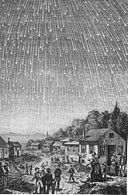
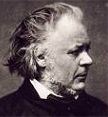

















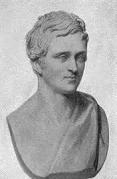



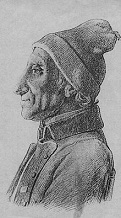





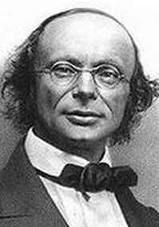
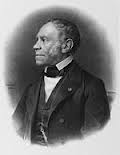



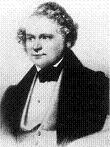
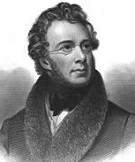

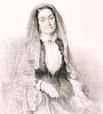









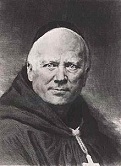




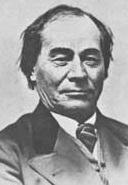
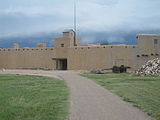
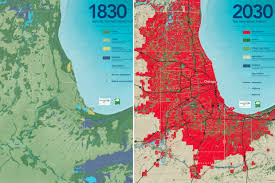
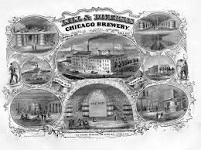
1833 On Jan. 1 the Indianapolis Journal prints the poem The Hoosier's Nest by John Finley (1797-1863) of Richmond, Ind., after which Ind. becomes known as the Hoosier State. In Jan. Honore (Honoré) Daumier (1808-79) is released from jail after serving a 6-mo. term for caricaturing King Louis-Philippe as Gargantua in a poster. In Jan. Pres. Jackson requests Congress to pass a U.S. Force Bill, authorizing him to use the U.S. army in S.C. against the nullificationists; before a mini-Civil War starts, the Clay Compromise, brokered by Tenn. Sen. Hugh Lawson White is reached when Henry Clay on Feb. 12 proposes a plan to reduce the tariff in half gradually by 1842; on Mar. 1 both the Force Bill and Tariff of 1833 pass in Congress, causing the S.C. convention to meet and rescind nullification, but only after nullifying the Force Bill, to save Southern face. On Feb. 15 (early a.m.)_ after taking Zacatecoluca, Anastasio Aquino and his rebels attack and sack San Vicente, El Salvador while Aquina goes to the Church of Nuestra Senor de Pilar and crowns himself king of the Nonualcos with a crown from an image of St. Joseph; on Feb. 16 after being proclaimed CIC of the liberation army, he issues the Declaration of Tepetitan (Tepetitán), ordering the death penalty for joining the govt. forces, and abolishing govt. taxes and forced labor, abolishing all debts contracted before the rebellion; too bad, the govt. strikes back, and after futile attempts to reach an agreement they attack the rebels at Santiago Nonualco with 5K men, defeating the rebels, who are being decimated by disease; Aquina flees, but after the govt. offers amnesty to anybody who betrays him, he is captured on Apr. 23, taken to Zacatecoluca, tried and convicted, and executed by firing squad in San Vicente on July 24, with his head displayed in an iron cage with the title "Example for rebels", which he becomes, but not in the way the govt. wants. On Feb. 16 the U.S. Supreme (Marshall) Court rules unanimously in Barron v. Baltimore that the Bill of Rights cannot be forced on the states, painting a target on their foreheads and leading to the 14th Amendment (1866) and the Incorporation Doctrine based on the Due Process Clause to short-circuit it. On Feb. 27 in Kirtland, Ohio, Joseph Smith Jr. issues A Word of Wisdom, counseling against the use of strong or hot drinks and tobacco by Mormons - interferes with the sex drive? On Mar. 2 after being asked by Pres. Jackson to investigate the nat. bank for concealed empty vaults, the U.S. House of Reps. passes a resolution affirming that govt. deposits are safe, which only causes Jackson to intensify his war on the "hydra of corruption", which has grabbed "almost entire dominion over the circulating medium, and with it, power to increase or diminish the price of property and to levy taxes on people in the shape of premiums and interest"; by the end of the year 23 "pet" state banks receive federal govt. deposits, pissing-off the Rothschild internat. banking family, who retaliate by restricting the money supply, causing a depression, which only makes Jackson more determined to beat them. On Mar. 4 U.S. Dem. pres. #7 (since Mar. 4, 1829) Andrew Jackson (1767-1845) is inaugurated for a 2nd term in the 12th U.S. Pres. Inauguration in the House chamber of the U.S. Capitol in Washington, D.C.; Kinderhook, N.Y.-born Martin (nee Maarten) Van Buren (1782-1862) ("the Little Magician") becomes the 8th U.S. vice-pres. (until Mar. 4, 1837); on May 29 Irish-born Philly atty. William John Duane (1780-1865) is appointed U.S. treasury secy. #11, but is dismissed on Sept. 22 for refusing Jackson's demand to transfer U.S. govt. deposits from the U.S. Bank to private banks, citing lack of authority from Congress; the Whig Party is formed to oppose "King Jackson" and his populist Dem. Party by Nat. Repubs. and Anti-Masonic dropouts, soon splitting into the Conscience Whigs in Northern states, who morally oppose slavery, and the Cotton Whigs in Southern states, who let their consciences relax when it comes to the New England textile industry. On Mar. 28 after a 3-hour, er, several-mo. tour, conferring with the Creeks, the seven Seminole chiefs sign the Treaty of Fort Gibson at Ft. Gibson in Ark. Territory that their new land is acceptable; too bad, when they return, they renege, claiming trickery or coercion, with Seminole leader Osceola uttering the soundbyte: "The white man shall not make me black. I will make the white man red with blood, and then blacken him in the sun and rain... and the buzzards live upon his flesh." In the spring England, France, and Russia conclude an armistice with Egypt for the evacuation of Anatolia (Asia Minor); Mehmet Ali now rules all of Egypt and Syria, and is proclaimed as the "Alexander of two horns", founding a dynasty that rules Egypt until 1952. On Apr. 1-3 the lily white Anglo Convention of 1833 in San Felipe drafts a constitution for Texas to be submitted to the Mexican Congress; on Oct. 1 it calls for the formation of a separate (as in gringo) state of Texas within the Mexican Repub. On Apr. 3 internat. liberals attempt to seize Frankfurt, Germany and dissolve the Diet, causing the Diet to appoint a central commission to crack down on them in June. On Apr. 22 Kalamazoo College in Kalamazoo, Mich. (original name Mich. and Huron Inst.)) is founded by a group of Baptist ministers; in 1837 it is renamed the Kalamazoo Lit. Inst.; in 1840 it merges with the U. of Mich.; in 1842 James Stone becomes pres. #1 (until 1863), adding a theological seminary and female dept., hosting the intial meeting in his home that founds the Repub. Party. On Apr. 29 the U. of Zurich is founded in Zurich, Switzerland from a merger of Huldrych Zwingli's Carolinum (founded in 1525) with a new faculty of philosophy, becoming the first univ. in Europe founded by a state rather than a monarch or a church; in 1839 German theologian David Friedrich Strauss (1808-74), author of The Life of Jesus, Critically Examined (1833-5), denying his divine nature becomes prof. of theology, causing a firestorm of controversy, causing him to be pensioned before he can conduct classes; in 1847 women are allowed to attend philosophy lectures, and admitted in 1866; in 1901 a veterinary medicine faculty is added (2nd oldest in the world). On May 11 the Lady of the Lake strikes an iceberg on her voyage from England to Quebec, killing 215. On May 21 the Dutch are forced by the British and French to sign an armistice of indefinite length preserving the status quo. On May 27 17-y.-o. Prince Otho (Otto), 2nd son of Louis I of Bavaria arrives in Nauplia to become King Otto (Otho) I (1815-67) of Greece (until Oct. 23, 1862), with a Bavarian regency; too bad, the Greek treasury in 1832 only contained $300, causing Greece to accept a 60M franc loan from France, Russia, and Britain, with Britain using its third as a club to force Otho in, and the rest of the cent. is all about Greece being unable to pay the loan back, getting in deeper and relinquishing control over its financial affairs to its creditors; the Bavarian regents refuse to grant a Greek constitution, levy excessive taxes, and attempt to set up a centralized foreign-run bureaucracy, pissing-off the Greeks. In May after Anglo-French diplomatic pressure to make the sultan order the Russians to withdraw from Istanbul, along with guarantees against further Egyptian invasion, the Convention (Peace Treaty) of Kutahya (Kütahya) is signed, ending the Egyptian-Ottoman War (begun 1831), ceding the Ottoman provinces of Syria and Adana to Egypt, with Ibraham Pasha as gov.-gen.; too bad, the settlement satisfies neither party, leading to a new war in 1839. On June 30 Spanish king (since Mar. 19, 1808) Ferdinand VII (b. 1784) abrogates the (Hillary-ous?) males-only Salic Law in favor of his infant daughter Isabella (the infanta or crown princess), then dies on Sept. 29, after which Isabella II (1830-1904) is proclaimed queen of Spades, er, Spain (until 1868), with her mother Maria Christina as regent; too bad, on Sept. 29 the First Carlist War in Spain begins (ends Aug. 31, 1839) (known for a series of battles beginning with A)? when the liberals back Isabella II while the reactionaries back Ferdinand VII's brother Don Carlos Maria (1788-1855), who at first can't actively participate since he's involved in the Portuguese civil war until next year. On July 8 in return for the Russian military aid against Mehmet Ali, the 8-year Treaty of Hunkar Iskelesi (Unkiar Skelessi) ("Sultan's Pier") is signed by the Ottoman Empire and Russian Empire, making the Ottoman Empire a protectorate of Russia, with a secret article signed by the sultan promising to close the Dardanelles to foreign warships upon Russian request; the treaty pisses-off the other Euro powers, waking Britain up to "the importance of the Ottoman Empire's geographical, political, and economic position in Europe", causing them to protest, claiming violation of the Anglo-Ottoman Treaty of 1809, with the soundbyte: "If the stipulations of that treaty should hereafter lead to the armed interference of Russia in the internal affairs of Turkey, the British government will hold itself at liberty to act upon such an occasion, in any manner which the circumstances of the moment may appear to require", causing Britain to adopt of policy of preserving, protecting, strengthening, and reforming the Ottoman Empire, increasing trade and strengthening the British fleet in the Levant, and sending military-naval missions to the sultan to make up for former neglect; France issues a similar statement, but doesn't actively intervene; Russian adm. Mikhail Petrovich Lazrev (1788-1851) signs for Russia, and is appointed military gov. of Sevastopol and Nikolayev. On July 11 Sable-surSarthe-born French Benedictine monk-priest Dom Prosper Louis Pascal Gueranger (Guéranger) (1805-75) and four other priests refound the 11th cent. Priory of Solesmes in NW France as an abbey and head of the French Congregation of the Order of St. Benedict, going on to revive the Tridentine Mass in France and become the author of "The Liturgical Year" and back Pope Pius IX's claims to papal infallibility and the dogma of the Immaculate Conception. On July 14 the Oxford (Tractarian) Movement, an attempt to return to the foundations of the Anglican Church begins (ends 1845) with a sermon by Anglican clergyman John Keble (1792-1866) on English nat. apostasy; Anglican theologian John Henry Newman (1801-90) begins pub. the 90 Tracts for the Times (ends 1841), calling for a return to early Roman Catholic doctrines and practices in the Church of England; in 1835-6 Christ Church canon Edward Bouverie Pusey (1800-82) joins - are you a new man or a pusey? We Americans don't have the amenities at home that you Brits afford us here? On July 26 while white Americans cower in fear of freeing black slaves for fear of racial amalgamation, the Whig-dominated British House of Commons, enjoying a comfortable remoteness from its black slaves passes the Slavery Abolition Act (introduced by colonial secy. Lord Stanley and supported by Lord Brougham), giving all British slaves their freedom starting next Aug. 1 and compensating slave owners to the tune of £20M, which takes 40% of Britain's nat. budget, and the loan isn't paid off until 2014; it is given royal assent on Aug. 28; the British Anti-Slavery Society is disbanded; lifelong English abolitionist leader William Wilberforce (b. 1833) hears the good news before dying on July 29, his last words being: "Thank God that I should have lived to witness a day in which England was willing to give twenty millions sterling for the abolition of slavery"; too bad, the law is initially applied only in the West Indies, and it goes on in Sierra Leone until Jan. 1, 1928; on Dec. 4 William Lloyd Garrison, returning from a trip to England with his batteries recharged helps found the Am. Anti-Slavery Society in Philadelphia, Penn., and becomes its pres. in 1843-65. In July Dom Pedro (Pedro I) arrives in Lisbon and defeats Dom Miguel (Miguel I), who flees for Austria, and Maria II da Gloria is restored as queen, along with liberal govt., with Pedro as regent, going on to appropriate Church property and dismiss clergy; poet Visconde de Almeida-Garrett, who returned from exile last year to oust Pedro becomes interior minister, followed by Cortes member, going on to become the grand old man of Portuguese theater. On Aug. 12 the "Windy City" of Chicago, Ill. (Algonquian "place of the wild onion or garlic") (modern-day pop. 2.6M/9.8M) on the lower W shore of Lake Michigan near a portage between the Great Lakes and the Mississippi River watershed is incorporated as a town with a pop. of 200, growing to 4K by 1840; the city of Chicago is incorporated on Mar. 4, 1837. On Aug. 18-Sept. 12 (25 days) the 7-passenger Canadian ship SS Royal William becomes the first ship to cross the Atlantic Ocean (Pictou, N.S. to Gravesend, England) entirely under steam power, fudging it with sails during boiler maintenance. On Sept. 18 after a summit meeting by Emperor Francis I of Austria, Tsar Nicholas I of Russia, and the Crown Prince of Prussia, Austrian chancellor Prince Clemens von Metternich and Russian foreign minister Count Karl Robert von Nesselrode sign the Munchengratz (Münchengrätz) Convention, soon joined by Prussia, pledging a "principle of union" to oppose further expansion by Mehmet Ali and to maintain Ottoman integrity on the theory that a sovereign threatened with revolt can call upon them for help; Metternich tries in vain to get Britain and France to join. In Sept. Pres. Jackson begins removing govt. money from the Bank of the U.S. and depositing it in selected state banks, causing outraged political enemy Sen. Henry Clay of Ky. to submit a resolution of censure. On Nov. 11 a Camden & Amboy train carrying former U.S. pres. J.Q. Adams and 23 other passengers to Washington, D.C. breaks an axle and derails near Hightstown, N.J., becoming the world's first train wreck, and the first with passenger fatalities; Adams' car is ahead of the one that derails, and he is uninjured, continuing the trip the next day, becoming the first U.S. pres. to get involved in a train accident; Cornelius Vanderbilt is a passenger. On Nov. 15 N.Y.-born Benjamin Franklin Butler (1795-1858) becomes U.S. atty. gen. #12 (until July 4, 1838). On Dec. 18 Joseph Smith Sr. (1771-1840) is ordained as the LDS Church's first Presiding Patriarch in Kirtland, Ohio., with his adoring son Joseph Smith Jr. likening him to Adam, the first Biblical patriarch, with the soundbyte: "So shall it be with my father; he shall be called a prince over his posterity, holding the keys of the patriarchal priesthood over the kingdom of God on earth, even the Church of the Latter Day Saints"; when he dies in Nauvoo, Ill. on Sept. 14, 1840 his eldest son Hyrum Smith (1800-44) becomes Presiding Patriarch #2 (until June 27, 1844). In Dec. Portsea, Portsmouth-born Charles John Huffam Dickens (1812-70) pub. his first fictional piece Mr. Minns and His Cousin (A Dinner at Poplar Walk) in Old Monthly Mag., going on to pub. Sketches by Boz (short stories) in Old Monthly Mag. and Morning Chronicle. William IV grants Hanover a new liberal 1833 Hanover Constitution. Mexican gen. ("the Eagle") Antonio Lopez de Santa Anna (1794-1876) drives gen. Anastasio Bustamante into exile, and is elected pres. of Mexico (1833-5, 1842-4, 1846-7, 1853-5), while the country simmers on the verge of civil war. An English army occupies the Falkland (Malvinas) Islands. After leaving office, Argentine dictator gov. #13 (1829-32) Juan Manuel Jose Domingo Ortiz de Rosas (1793-1877) leads the Expedition of the Desert against the Indians of the Pampas in order to help big ranchers grab Indian lands. Obscenely conservative Chile proclaims a new constitution with a powerful senate of landed aristocrats, with voting restricted to the propertied and literate, and gives the executive the right to impose states of siege, which it does in 1835, 1840, 1846, and 1858; meanwhile trade with Peru is renewed. The Al Maktoum Dynasty of the Al-Falasi section of the Bani Yas tribe begins ruling Dubai (Al Wasl) on the Persian Gulf (until ?), known for its pearls. The Mashpee Revolt in Cape Cod, Mass. (ends 1834) begins after part-Pequot Methodist minister William Apess ()Apes) (1798-1839) leads local Mashpee Wampanoags in a protest against the taking of their land by local whites, becoming a rare Indian V. Federal debtors prisons are abolished in the U.S., leaving it to the states. Tuskegee, Ala. is founded by Creek War veteran Gen. Thomas Simpson Woodward; it is incorporated in 1843, becoming the largest city in Macon County. The Methodist Christian Advocate and Herald pub. a phony letter from an educated Wyandot Indian claiming that the Western tribes crave Christian conversion (don't they always ask "how"?); by the end of the year the Methodist Missionary Society establishes a mission in the Willamette Valley in Oregon Territory, stimulating white immigration - stories like this just make you feel good at the end of the night? Britain passes the Irish Church Temporalities (Ireland) Act, abolishing the church cess (tax paid to support the Irish Protestant Church) with a graduated income tax; the Irish Catholic Church is reorganized, and 10 bishoprics are abolished; in 1838 the tithe is turned into a land tax paid by the landlords, taming agitation only until the rents rise, causing Ireland to become known as rent-racked. Britain passes the Factory Act of 1833 (introduced by Lord Ashley, earl of Shaftesbury) to protect underage textile workers; below 9 years of age children cannot be employed, between the ages of 9-13 they are limited to 9 hours a day, and between 13-18 to 12 hours; the central govt. appoints all inspectors; Ashley now works to protect women as well as children in factories. German watchmaker Karl Wilhelm Naundorff (1785-1845) claims to be the French dauphin Louis Charles de Bourbon (Louis XVII), and both the dauphin's nurse and Louis XVI's minister of justice back him up, but his alleged sister refuses to see him; he claims that Gen. Paul Barras had switched him and then smuggled him out of prison, and files a civil suit to claim his title, which results in his +expulsion from France to London, where an attempt is made on his life; he dies nine years later in Holland, with his descendants continuing the law suit. Hog cholera is first reported in the U.S. in S Ohio. Scottish explorer Capt. Sir Alexander Burnes (1805-41) crosses the Hindu Kush mountain range. The Cumberland Road reaches Columbus, Ohio (on the Scioto River), which is incorporated next year. Its 20-year charter up once again for renewal by Parliament, the British East India Co. loses its last monopoly of trade over China. The ruined Mediterrean seaport of Bougie, 115 mi. E of Algiers is captured and renovated by the French. Judge Henry Perrine plants the first avocado tree in Fla. The greedy Mexican rancheros in Callif. get the Mexican govt. to confiscate the Franciscan missions, exile the friars, and grant 700 huge new ranchos of 4.5K to 50K acres each along the coast; the death rate among Indian slave laborers is 2x that of slaves in the Deep South. The Gen. Trades Union is founded in New York City by delegates from nine craft trades, causing an increase in labor militancy, incl. 40+ strikes, enrolling 60% of journeyman laborers by 1936; too bad, the 1837 panic causes it to disband. The Agents Gen. for the Crown Colonies (Crown Agents) is founded in London to act as financial agents to govt. and public authorities inside and outside Britain. Mass. becomes the last state to discontinue tax support for its Congregationalist churches, although it still requires a declaration of Christian faith for office holders. Liverpool-born Oxford-educated William Ewart Gladstone (1809-98) enters Parliament at the age of 24 as a High Tory (pro-landed gentry Conservative) for Newark. Harvard awards an honorary degree to Pres. Jackson, which pisses-off his Harvard-grad. rival John Quincy Adams. Joliet, Ill. is settled, and named in 1845 in honor of French Canadian explorer Louis Joliet, who passed through in 1673; it later becomes the site of the Ill. State Penn. of Blues Brothers fame, as well as the Roman Catholic College of St. Francis (1925) - full of nuns of ruler knuckle-rapping fame? Haverford College in Haverford, Penn. is founded by the Quakers, becoming their first univ. in the U.S. Oberlin College (Collegiate Inst.) in Ohio is founded by Presbyterian ministers John Jay Shipherd (1802-44) and Philo Stewart, named after Alsatian minister Jean-Frederic Oberlin (1740-1826); in 1835 abolitionist Asa Mahan (1799-1889) becomes pres. #1, getting the school to open admissions to students of all races in 1837, becoming the first U.S. multiracial college; on Sept. 6, 1837 it becomes the first college in the U.S. to go coed. Neofytas Vamvas founds the first modern Greek gymnasium in Syros. The first tenements are erected in New York City. German economist Friedrich List (1789-1846) (not to be confused with Hungarian pianist Franz Liszt) advocates the extension of the German railroad system. The HMS Beagle anchors at Goeree Tierra del Fuego. Eliza Bowen Jumel (1769-1865), widow of wealthy French merchant Stephen Jumel marries Aaron Burr in the Tea Room of the Morris Mansion in New York City (160th St. and Edgecombe Ave.), built in 1765 by British Loyalist Capt. Roger Morris and used as HQ during the Am. Rev. by Am. Gen. George Washington and British Gen. Sir Henry Clinton; too bad, after he loses some of her money in Texas land speculation, she separates from him for life without a formal divorce, moving to New York City. Charity bazaars become popular in England. Edmund Ruffin (1794-1865) of Va. begins pub. the Farmer's Register. Starving but cunning English linguist George Henry Borrow (1803-81) is hired by the British and Foreign Bible Society in London to trans. the New Testament into the Manchu language, which he does this year after learning the language in 19 wks.; too bad, the Chinese govt. forbids its importation - hun how? Henry William Herbert (1807-58), who emigrated to the U.S. from England in 1831 founds Am. Monthly Mag., editing it until 1836, writing under the alias Frank Forester to hide his snooty Herbert/Carnarvon/Pembroke lineage, writing on sports and outdoor life, then historical novels. The Knickerbocker (New-York Monthly) mag. is founded in New York City by Charles Fenno Hoffman (1806-84) (until 1865); the Knickerbocker Group of regular writers incl. William Cullen Bryant, Henry Wadsworth Longfellow, Oliver Wendell Holmes, and James Russell Lowell. The New York Sun, the first successful penny daily begins pub. on Sept. 3 (until 1952), with the slogan "It Shines For All"; it begins pub. again in 2002 (until ?). After his mag. Don Quixote (founded 1831) is suppressed for rev. tendencies, German humorist Adolf Glassbrenner (1810-76) begin pub. Berlin Wie es ist Undtrinkt in 30 parts (1833-49), followed by Buntes Berlin in 44 parts (1837-58), satirizing Berlin life. Jean Baptiste Pitois et al. of the French ministry of public education create two committees to pub. all hitherto suppressed documents on the history of France incl. Victor Hugo, Jules Michelet, and Baron Emmanuel Rey, digging up juicy stuff on the Crusades, Knights Templar, and Priory of Sion. After getting tired of fighting the Violin Makers' Guild and moving to the U.S., C.F. Martin & Co. is founded in New York City by German immigrant Christian Frederick Martin Sr. (1796-1873) to manufacture guitars, becoming the first in the U.S.; in 1838 it moves to Nazareth, Penn.; in 1916 it introduces the dreadnought guitar; in 1921 it begins producing steel-string guitars insted of catgut, expanding to ukuleles; it produces only 182 guitars in 1901, increasing to 56,422 in 2000, producing their 500,000th in 1990, and 1 millionth in 2004. William Haas and Conrad Sulzer found the first commercial brewery in Chicago, Ill. (pop. 200), producing 600 barrels of ale their first year; Chicago mayor #1 (1837-8) William Butler Ogden (1805-77) is the initial financial backer, later supplying the land for the John A. Huck brewery (1847); in 1839 after walking from Louisville, Ky., English immigrant William Lill (-1875) buys into it, and after Haas and Sulzer quit he partners with Alsaice-Lorraine immigrant Michael Diversey (-1869), changing the co. name to the Chicago Brewery (AKA Lill and Diversey Brewery Co.), becoming the largest brewery W of the Atlantic seaboard by 1857, producing 45K barrels/year in 1861, with their most popular brand being Lill's Cream Ale; too bad, it burns down in the 1871 Great Chicago Fire. Architecture: 180' x 135' x 15' adobe brick Bent's Fort (begun 1828) is built in Otero County, SE Colo. along the Santa Fe Trail by St. Louis, Mo.-brn William Wells Bent (1809-69) and Ceran de Hault de Lassus de St. Vrain (1802-70) to trade with Southern Cheyenne and Arapaho Plains Indians and trappers for buffalo robes, becoming the only privately-owned fort in the Am. West, and the only major permanent white settlement on the Santa Fe Trail between Missouri and the Mexican settlements, becoming a major trading center and rendezvous point for fur trappers; it is abandoned in 1849 during a cholera epidemic among Plains Indians, and burned in 1852 by Bent, who builds a new stone fort in Big Timbers near modern-day Lamar, Colo., which in 1860 becomes Ft. Wise, renamed Fort Lyon in 1862, and replaced in 1867 by a new Fort Lyon near modern-day Las Animas, Colo.; Bent's Old Fort is designated a nat. historic site on June 3, 1960. Sports: The Olympic Club of Philly organizes two Town Ball (baseball) teams. Inventions: The modern Tower of Babel? Charles Babbage (1791-1871) of England invents the Analytical Engine, the first large scale digital calculating machine (computer); he never gathers enough funds to build it; in 1991 it is built according to his specs, and works. Carl Friedrich Gauss (1777-1855) and Wilhelm Eduard Weber (1804-91) of Germany invent the Electromagnetic Telegraph, testing it up to 9K ft. English scientist Samuel Hunter Christie (1784-1865) invents the Wheatstone Bridge for the precise comparison of electrical resistances, capacitances, and inductances; it is not used until 1843 by Sir Charles Wheatstone, (prof. at King's College, London since 1834), who ends up getting credit for it. Science: On Nov. 12/13 (night) the Great Leonid Meteor Storm of 1833 sees meteor showers all over North Am. E of the Rocky Mts. at a rate of 240K in 9 hours, sparking a serious scientific study of meteor showers; Leonid meteor showers radiate from the Constellation Leo, and are associated with Comet Temple-Tuttle, recurring about every 33 years, occuring on Nov. 6-30 with peak on Nov. 17; Uncompaghre Ute chief Ouray is born this night, his name meaning "arrow". English astronomer Sir George Biddell Airy (1801-92) proves an inequality in the motions of Venus and Earth that extends over 240 years, getting the Royal Astronomical Society's gold medal and a promotion to astronomer royal in 1835 (until 1881). English physician Marshall Hall (1790-1857) discovers the nervous reflex, founding the field of Neurology. French chemist Anselme Payen (1795-1871) proves that the fermentation of starch in grain to sugar is catalyzed by the watery material surrounding the grain, which contains no living microorganisms, calling the active principle "diastase" (from Gr. "separation"), which eventually causes all organic catalysts to be named with the suffix "-ase". Czech physiologist Jan Evangelista Purkinje (1787-1869) discovers the sweat glands of the skin - purkinjolating the sweat? Nonfiction: John Quincy Adams (1767-1848), Letters on Freemasonry; to William L. Sloan; calls Freemasonry's secret vows a threat to the social order - even though they believe in forever and have a Hell of a band? William Beaumont (1785-1853), Experiments and Observations on the Gastric Juice and the Physiology of Digestion; his observations of a patient with gunshot wounds that allowed him to peep into his stomach. Asher Benjamin (1773-1845), Practice of Architecture: Containing the Five Orders of Architecture and an Additional Column and Entablature. Franz Bopp (1791-1867), Comparative Grammar of the Sanscrit, Zend, Greek, Latin, Lithuanian, Gothic, German, and Sclavonic Languages (Vergleichende Grammatik) (3 vols.) (1833-53); postulates a lost "Indo-Germanic" proto-language - and keeps white supremacists dreaming of a White Christmas? Rev. John Newton Brown (1803-68), The New Hampshire Baptist Confession. Marie-Antoine Careme (1784-1833), L'Art de la Cuisine Francaise (5 vols.) (1833-4) (posth.); Charles Maurice de Talleyrand's chef founds haute cuisine. Mathew Carey (1760-1839), Appeal to the Wealthy of the Land, Ladies as Well as Gentlemen, on the Character, Conduct, Situation, and Prospects of Those Whose Sole Dependence for Subsistence is on the Labour of Their Hands. Lydia Maria Child (1802-80), An Appeal in Favor of that Class of Americans Called Africans - shut up and let me go? Davy Crockett (1786-1836), Autobiography. Isaac D'Israeli (1766-1848), The Genius of Judaism. Johann Gustav Droysen (1808-84), The History of Alexander the Great; idealizes his power and success Hegel-style, founding a new German historical school. John Galt (1779-1839), Autobiography (2 vols.). Carl Friedrich Gauss (1777-1855), Intensitas vis Magnetica Terrestris ad Mensuram Absolutam Revocata; proposes a system of absolute units for the measurement of terrestrial magnetism. Abraham Geiger (1810-74), Was Hat Mohammed aus dem Judenthume Aufgenommen? (What has Muhammad taken from Judaism?); prize-winning doctoral thesis shows how large parts of the Quran were taken from or based on the Talmud and other rabbinic lit.; English trans. pub. in 1896 as "Judaism and Islam". Black Hawk (1767-1838), The Autobiograpy of Black Hawk. Heinrich Heine (1797-1856), Geschichte der Neueren Schonen Literatur in Deutschland (2 vols.); De l'Allemagne (On Germany) (2 vols.); pub. in 1834 in German in 2 vols., The Romantic School (Die Romantische Schule), and On the History of Religion and Philosophy in Germany, an attack on Madame de Stael's "De l'Allemagne" (1813), which disses her view of Germany as a land of "poets and thinkers", and claims that pantheism is returning after cents. of Christian suppression; "Christianity - and that is its greatest merit - has somewhat mitigated that brutal Germanic love of war, but it could not destroy it. Should that subduing talisman, the cross, be shattered, the frenzied madness of the ancient warriors, that insane Berserk rage of which Nordic bards have spoken and sung so often, will once more burst into flame. This talisman is fragile, and the day will come when it will collapse miserably." Charles Lamb (1775-1834), Essays of Elia (2nd series). H.F.R. de Lamennais, Paroles d'un Croyant; goes completely Socialist and argues the case of the poor and downtrodden. Heinrich Laube (1806-84), Das Neue Jahrhundert (2 vols.) (first book); incl. "Polen", "Politische Briefe"; disses the political regime, getting him 9 mo. in prison in Berlin. William Forster Lloyd (1795-1852), Two Lectures on the Checks to Population; introduces the Tragedy of the Commons, its overuse by its commoners. Bon Louis Henri Martin (1810-83), Histoire de France (15 vols.) (1833-6); 4th ed. (19 vols.) (1861-5); covers from the earliest times to the 1789 French Rev., becoming the #1 history of France of the 19th cent. Harriet Martineau (1802-76), Poor Laws and Paupers; Illustrations of Taxation. Johannes Peter Muller (1801-58), The Handbook of Human Physiology (1833-40). Josiah Priest (1788-1861), American Antiquities and Discoveries in the West; claims that mounds found in Ohio and N.Y. couldn't have been built by the "bloodthirsty savages, bent on the destruction of all but their own race", but by the descendants of the Ten Lost Tribes of Israel, contradicting himself by claiming that Noah visited America on his Ark and viewed them; a source for the Book of Mormon? Joseph Story (1779-1845), The Conflict of Laws; Commentaries on the Constitution of the United States; pro-federalism and anti-states rights. Istvan Szechenyi (1791-1860), Stadium. Robert Southey (1774-1843) (ed.), The Works of William Cowper [1731-1800] (15 vols.) (1833-1837); Lives of the British Admirals, with an Introductory View of the Naval History of England (5 vols.) (1833-40); repub. as "English Seamen" in 1895. Music: Daniel Auber (1782-1871), Gustave III (opera) (Feb. 27). Vincenzo Bellini (1801-35), Beatrice di Tenda (opera) (Mar. 16) (La Fenice, Venice). Frederic Chopin (1810-49), Twelve Etudes, Op. 10. Gaetano Donizetti (1797-1848), Lucrezia Borgia (opera). Jacques Fromental Halevy, Les Souvenirs de Lafleur (opera); Ludovic (begun by Ferdinand Herold). Heinrich Marschner (1795-1861), Hans Heiling (opera) (Berlin) (May 24); his biggest hit, making him #1 in Euro Romantic opera until Richard Wagner. Felix Mendelssohn (1809-47), Italian Symphony, Op. 90 (London). William Sandys (1792-1874), Christmas Carols Ancient and Modern; launches a revival of the Christmas carol; incl. The First Noel, I Saw Three Ships (Come Sailing In), Hark! the Herald Angels Sing, God Rest You Merry, Gentlemen (mentioned in Charles Dicken's 1843 "A Christmas Carol"). Art: Patrick Branwell Bronte, The Bronte Sisters Anne, Emily and Charlotte. William Collins (1788-1847), Rustic Civility. Ralph Eleaser Whiteside Earl, Andrew Jackson; dressed in his general's regalia for the Jefferson Day celebration of Apr. 13, 1830. Eugene Deveria (1805-65), Antoine Julien Meffre-Rouzan. J.M.W. Turner, Venetian Pictures (Royal Academy, London). Plays: Robert Browning (1812-89), Pauline: A Fragment of a Confession; his first dramatic monologue. Casimir Delavigne (1793-1843), Les Enfants d'Edouard. Alexandre Dumas pere (1802-70), Angele. Joseph von Eichendorff (1788-1857), The Wooers (Die Freier) (romantic comedy) (first performed 1849). Alexander Griboedov (1795-1829), The Woes of Wit (verse comedy) (posth.); satire on Moscow life; big hit, his only hit, ding ding. Victor Hugo (1802-85), Marie Tudor; Lucrece Borgia. Johann Nestroy, Lumpaziva Gabundus (farce). August von Platen (1796-1835), Die Liga von Cambrai (last play). A.W. von Schlegel, Ludwig and Dorothea Tieck, and W. von Baudissin (tr.), The Complete Works of Shakespeare (trans. into German) (begun 1794). Eugene Scribe (1791-1861), Bertrand et Raton, ou l'Art de Conspirer (comedy) (Theatre Francais, Paris). Poetry: William Lisle Bowles, St. John in Patmos. John Galt (1779-1839), Poems. Henry Wadsworth Longfellow (1807-82), Outre-Mer (debut). Winthrop Mackworth Praed (1802-39), Trash (Penzance); dedicated cynically to his political opponent James Halse, who beat him for a seat in Parliament. Alexander Pushkin (1799-1837), Angelo. Alfred, Lord Tennyson (1809-92), Poems; incl. St. Simeon Stylites, The Lotos-Eaters, The Lady of Shalott, about a mysterious lady who lives on a castle on an island in a river which flows to Camelot, and continually weaves images on her loom without looking through the window, being cursed to view the outside only through a mirror; when handsome knight Lancelot passes, her mirror cracks, and she is expelled, drifting down the river, and dying before finding him; revised in 1842; "I am half sick of shadows"; "But Lancelot mused a little space/ He said, 'She has a lovely face;/ God in his mercy lend her grace./ The Lady of Shalott.'"; after critics diss it, he doesn't pub. again for 10 years; meanwhile on Sept. 15 his Cambridge poet chum Arthur Henry Hallam (1811-33), who is engaged to his sister Emilia dies of a cerebral hemorrhage in Vienna, messing him up for life, causing him to spend 17 years writing his memorial, then naming his eldest son Hallam Tennyson (1852-1928) after him. Novels: Honore de Balzac (1799-1850), Eugenie Grandet. Steen Steensen Blicher (1782-1848), Samlede Noveller og Skizzer (1833-6) (short stories). Edward George Bulwer-Lytton (1803-73), Godolphin; bestseller. Charles Dickens (1812-70), Sketches by Boz (short stories); pub. in "Old Monthly Mag." and "Morning Chronicle"; incl. Mr. Minns and His Cousin (A Dinner at Poplar Walk), his first pub. piece of fiction. Benjamin Disraeli (1804-81), Alroy. Joseph von Eichendorff (1788-1857), Dichter und Ihre Gesellen; Viel Larmen um Nichts. John Galt (1779-1839), Eben Erskine, or The Traveller (3 vols.); The Ouranoulagos, or The Celestial Volume; The Stolen Child; Stories of the Study (3 vols.). Theodore Edward Hook (1788-1841), Love and Pride. Charles Lamb (1775-1834), Last Essays of Elia. Heinrich Laube (1806-84), Das Junge Europa (3 vols.) (1833-7); incl. "Die Poeten", "Die Krieger", "Die Burger". Alfred de Musset (1810-57), Gamiani, or Two Nights of Excess; pub. anon.; a lesbian erotic novel modeled on his lover (1833-5) George Sand, about horny young stud Alcide, who peeps on Countess Gamiani and her young lover Fanny in bed, then joins them, doing it then sharing dirty stories; the most important work of erotic fiction of the cent., showing girls having fun with men and other girls - don't musset up? Alexander Pushkin (1799-1837), Eugene Onegin; a verse novel, pioneering the Pushkin Sonnet; bored St. Petersburg dandy Eugene Onegin inherits a landed estate from his uncle and moves to the country, befriending his neighbor, starry-eyed poet Vladimir Lensky, who is engaged to Olga Larina, whose sister Tatyana gets a crush on Onegin and writes him a letter, then meets him to tell him, causing him to deliver Onegin's Sermon rejecting her condescendingly but politely, after which Lensky tries to get them to hook up at a ball, causing him to get even by going after Olga, pissing him off and causing him to challenge Onegin to a duel, only to be killed; after returning to St. Petersburg, he encounters Tatyana married to an old fart general, and falls in love with her, but she rejects him. George Sand (1804-76), Lelia; Andrea; Mattea; Kouroglu (Epopee Persane); < ahref="">Leone Leoni; Lelia; shocks Victorian society by advocating the same standard of morality for both sexes; "To be lover, courtesan, and mother... these are three conditions of a woman's fate which no woman escapes, whether she sells herself in a market of prostitution or by a marriage contract"; " I remember the burning nights I passed against a man's flanks in close embrace with him... One day I felt so worn-out with loving that I stopped suddenly. When I saw how easily this bond was broken, I was astonished at having believed in its eternal quality." John Sterling (1806-44), Arthur Coningsby. Births: Norwegian linguist Sophus Bugge (d. 1907) on Jan. 5 in Laurvik; father of Alexander Bugge (1870-1929). Irish rev. leader Thomas Joseph Kelly (d. 1908) on Jan. 6 in Mountbellow, County Galway; educated at St. Jarlath's College. Welsh "The Epic of Hades", "Love's Suicide" poet Sir Lewis Morris (d. 1907) on Jan. 23 in Carmarthen, Carmarthenshire; educated at Jesus College, Oxford U.; knighted in 1895. English maj. gen. Charles George "Chinese" Gordon (Pasha) (of Khartoum) (d. 1885) on Jan. 28 in Woolwich, London; educated at Taunton School, and Woolwich Royal Military Academy. Am. Civil War Confed. cavalry Gen. James Ewell Brown "Jeb" "Beauty" "Knight of the Golden Spurs" Stuart (d. 1864) on Feb. 6 in Patrick County, Va. Am. Dem. politician and U.S. chief justice #8 and assoc. justice #50 (1888-1910) Melville Weston Fuller (d. 1910) on Feb. 11 in Augusta, Maine; educated at Bowdoin College, and Harvard U. Swiss pacificist journalist Elie (Élie) Ducommun (d. 1906) on Feb. 19 in Geneva. Scottish spiritualist-medium Daniel Dunglas Home (d. 1886) (pr. like Hume) on Mar. 20 in Currie (near Edinburgh). French electrical engineer Hippolyte (Francois-Hypolite) Fontaine (d. 1910) on Apr. 12 in Dijon. Am. bare-knuckle boxer ("the Benicia Boy") John Camel Heenan (d. 1873) on May 2 in Troy, N.Y. German mathematician Lazarus Immanuel Fuchs (d. 1902) on May 5. German "Brahms' Lullaby" composer-pianist Johannes Brahms (d. 1897) on May 7 in Hamburg; 2nd son of slum musician Jacob, who teaches him violin and cello before paying for piano teachers; at age 20 becomes the piano accompanist of violinist Eduard Remenyi (1830-98). U.S. Supreme Court justice #44 (1877-1911) John Marshall Harlan (d. 1911) on June 1 in Boyle County, Ky.; son of a slaveholder; educated at Transylvania U; first Supreme Court justice to earn a modern law degree. British "Everything's all Sir Garnet" field marshal Sir Garnet Joseph Wolseley, 1st Viscount Wolseley (d. 1913) on June 4 in Golden Bridge House, County Dublin, Ireland; created viscount in 1885. French portrait painter Leon Joseph Florentin Bonnat (d. 1922) on June 20 in Bayonne. English Mormon Godbeites sect founder (1868) William Samuel Godbe (d. 1902) on June 26 in Middlesex; French Huguenot descent mother. Belgian "Pornocrates" Symbolist painter-engraver Felicien (Félicien) Rops (d. 1898) on July 7 in Namur; inventor of the deshabille (half-nude). Am. Freethinker agnostic atty.-orator ("The Great Agnostic") Col. Robert Green "Col. Bob" Ingersoll (d. 1899) on Aug. 11 in Dresden, N.Y.; father John Ingersoll is an abolitionist Presbyterian preacher; spoils his golden future in politics by giving golden-tongued speeches for secular humanism, rationalism, and freethought (supply caps if you're a true believer), virtually founding the 19th cent. British-Am. Freethought movement. U.S. pres. #23 (1889-93) and Civil War brig. gen. (Presbyterian) Benjamin Harrison (d. 1901) on Aug. 20 in North Bend, Ohio; great-grandson of DOI signer Benjamin Harrison (1726-91); grandson of U.S. pres. #9 William Henry Harrison (1773-1841); son of U.S. Sen. John Scott Harrison; the ultimate establishment figure, he grows up on a 2K-acre estate with 8 siblings, graduates from Miami U. in Ohio in 1852, then becomes an atty. in Indianapolis, Ind., followed by the Indiana Supreme Court in 1860. English economist and Liberal MP (blind) Henry Fawcett (d. 1884) on Aug. 26 in Salisbury; educated at the U. of Cambridge; husband (1867-) of Millicent Fawcett (1847-1929); blinded in a shooting accident in 1858. German kindergarten pioneer Margarethe Meyer-Schurz (nee Meyer) (1833-76) on Aug. 27 in Hamburg. English Pre-Raphaelite painter and designer Sir Edward Coley Burne-Jones (d. 1898) on Aug. 28 in Birmingham; educated at Exeter College, Oxford U.; pupil of Dante Gabriel Rossetti; created baronet in 1894. Italian pacifist journalist Ernesto Teodoro Moneta (d. 1918) on Sept. 20 in Milan; wins 1907 Nobel Peace Prize, then turns hawk in WWI. Am. "Swingin' Round the Cirkle" humorist (not a Supreme Court case) Petroleum V. Nasby (David Ross Locke) (d. 1888) on Sept. 20 in Vestal, N.Y. British MP (1880-91) and crusading secularist atheist-freethinker ("the Robert Ingersoll of England") Charles Bradlaugh (d. 1891) on Sept. 26 in Hoxton, London. French Neoclassical sculptor Henri Michel Antoine Chapu (d. 1891) on Sept. 29 in Le Mee-sur-Seine, Seine-et-Marne. Canadian Liberal Ontario PM #2 (1871-2) Dominick Edward Blake (d. 1912) on Oct. 13 in Adelaide, Ont. Australian "Bush Ballads and Galloping Rhymes" poet-politician-jockey Adam Lindsay Gordon (d. 1870) on Oct. 19 in Fayal, Azores. U.S. Page Act Rep. (R-Calif.) (1873-83) Horace Francis Page (d. 1890) on Oct. 20 near Medina, N.Y. Swedish chemist-engineer, dynamite king and philanthropist Alfred Bernhard Nobel (d. 1896) on Oct. 21 in Stockholm; his father Immanuel Nobel (1801-72) invents a land mine which is used underwater by the Russians against the British in the Crimean War. Am. Uncompahgre Ute chief Ouray ("arrow") (d. 1880) on Nov. 12/13 in N.M.; born during a Leonid meteor shower, causing him to be given the name "arrow"; husband (1859-) of Chipeta (White Singing Bird) (1843-1924). Am. nurse Sally Louisa Tompkins (d. 1916) on Nov. 9 in Poplar Grove, Va. Norwegian "The Gilje Family" realist novelist-dramatist Jonas Lauritz Idemil Lie (d. 1908) on Nov. 6 in Modum, Eiker; educated at the U. of Christiania; one of the Four Greats. Am. stage actor (#1 U.S. actor and Hamlet of the 19th cent.?) Edwin Thomas Booth (d. 1893) on Nov. 13 in Belair, Md.; son of Anglo-Am. actor Junius Brutus Booth (1796-1852); brother of actor Junius Brutus Booth Jr. (1821-83) and actor-assassin John Wilkes Booth (1838-65); saves Abe Lincoln's son Robert on a train platform in Jersey City, N.J. a few weeks before the assassination. German historian-psychologist-philosopher-sociologist Wilhelm Dilthey (d. 1911) on Nov. 19 in Wiesbaden-Biebrich, Nassau (Hesse); educated at Heidelberg U., and U. of Berlin; holds Hegel's chair in philosophy at the U. of Berlin. Am. Lincoln assassination conspirator Dr. Samuel Alexander "His Name is Mud" Mudd (d. 1883) on Dec. 20 in Charles County, Md.; educated at Georgetown U., and U. of Md. Am. S.C. Johnson & Son founder Samuel Curtis Johnson Sr. (d. 1919) on Dec. 24 in Elyria, Ohio; father of Herbert Fisk Johnson Sr. (1868-1928). German Schlieffen Plan field marshal Alfred Graf von Schlieffen (d. 1913) on Dec. 28 in Berlin. U.S. army Capt. William Judd Fetterman (d. 1866) in New London, Conn.?; of Penn. Dutch descent. Am. inventor-industrialist Benjamin Franklin Sturtevant (d. 1890) in Norridgewock, Maine. German inventor (founder of the world's first engine factory) Eugen Langen (d. 1895). Anglo-Am. "Pilgrims Going to Church", "The Scarlet Letter", "Return of the Mayflower" painter George Henry Boughton (d. 1905) near Norwich, England; emigrates to the U.S. in 1839; grows up in Albany, N.Y.; moves to London in 1861. Am. "Variorum Shakespeare" scholar Horace Howard Furness (d. 1912) in Philadelphia, Penn.; son of William Henry Furness (1802-96). French sculptor Emile Louis Picault (d. 1915). English photochemist Sir Henry Enfield Roscoe (d. 1915); knighted in 1884. Deaths: English religious writer-philanthropist Hannah More (b. 1745) on Sept. 7 in Clifton: "The world does not require so much to be informed as reminded." French mathematician Adrien-Marie Legendre (b. 1752) on Jan. 10 in Paris. Belgian prince Auguste Marie Raymond d'Arenberg (b. 1753). German economist August Friedrich Wilhelm Crome (b. 1753) on June 11 in Rodelheim. British gen. Sir Banastre Tarleton, 1st baronet (b. 1754) on Jan. 15 in Leintwardine, Herefordshire. Spanish chemist Fausto de Elhuyar (b. 1755) on Feb. 6 in Madrid. British adm. Edward Pellow, 1st viscount Exmouth (b. 1757) on Jan. 23 in Teignmouth, Devon. Italian engraver Raffaello Sanzio Morghen (b. 1758) on Apr. 8 in Florence. English evangelical abolitionist politician William Wilberforce (b. 1759) on July 29; dies a hero, and is buried in Westminster Abbey; too bad, slavery goes on well into the next cent.; the Wilberforce Monument in Victoria Square is erected in 1834. U.S. treasury secy. #2 (1795-1800) Oliver Wolcott Jr. (b. 1760) on June 1 in New York City. German-born Russian chemist Gottlieb Kirchhoff (b. 1764) on Feb. 14 in St. Petersburg. French photography pioneer Joseph-Nicephore Niepce (b. 1765) on July 5 in Saint-Loup-de-Varennes, Saone-et-Loire. Am. judge John Overton (b. 1766) on Apr. 12 in Nashville, Tenn. English dramatist-composer Charles Dibdin the Younger (b. 1768) on Jan. 15. British engineer-inventor Richard Trevithick (b. 1771) on Apr. 22 in Dartford (pneumonia). Am. Gen. John Coffee (b. 1772) on July 7 in Florence, Ala.; namesake of Coffee County, Ala., Coffee County, Tenn., Coffeeville, Ala., Coffee Springs, Ala., Coffeeville, Miss., and Fort Coffee, Okla. English archeologist Godfrey Higgins (b. 1772) on Aug. 9 in Cambridge. Indian Hindu leader Ram Mohan Roy (b. 1772) on Sept. 27 in Stapleton, Bristol, England (meningitis). Am. statesman-orator John Randolph of Roanoke (b. 1773) on May 24 in Philadelphia, Penn.; frees his slaves in his will and provides for their settlement in a free colony; is buried facing W so that he can keep on eye on his enemy Henry Clay. U.S. Commodore William Bainbridge (b. 1774) on July 27 in Philadelphia, Penn. German printing press inventor Friedrich Gottlob Koenig (b. 1774) on Jan. 17 in Wurzburg. German jurist-reformer Anselm von Feuerbach (b. 1775). British adm. Sir Henry Hotham (b. 1777) on Apr. 19. French chef Marie-Antoine Careme (b. 1784) on Jan. 12 in Germany. Spanish Bourbon king #5 (1808, 1813-33) Ferdinand VII (b. 1784) on Sept. 29 in Madrid. English-born Am. printer Robert Hoe (b. 1784) on Jan. 4 in Westchester County, N.Y. English actor Edmund Kean (b. 1787) on May 15; dies 2 mo. after collapsing onstage on Mar. 25 playing Othello in Covent Garden, London. Persian prince Abbas Mirza (b. 1789) on Oct. 25. Salvadoran rebel leader Anastasio Aquino (b. 1792) on July 24 in San Vicente (executed). English poet Arthur Henry Hallam (b. 1811) on Sept. 15 in Vienna (brain hemorrhage); freaks out his buddy Arthur Lord Tennyson, whose sister Emilia Tennyson he was engaged to.






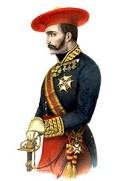





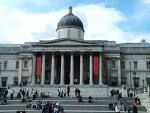



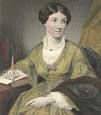






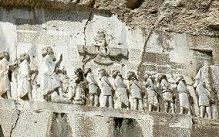





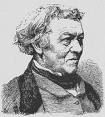








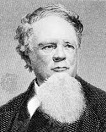

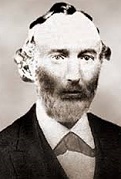

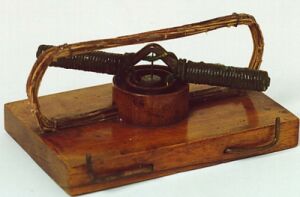



1834 The Poor Law Amendment Act is passed in Britain, attempting to reform the 1601 Elizabethan act, which had backfired as dimwitted justices of the people begin allowing able-bodied men to receive relief along with the truly needy, causing taxation for poor relief to triple since 1783; a central admin. is created, and to receive relief a person now has to reside in a poorhouse - and beg for porridge like Oliver Twist? The 1834 U.S. Recession is caused by Nicholas Biddle's Second Bank of the U.S. in order to force Pres. Jackson to re-charter it? On Jan. 20 the liberal Swiss cantons adopt the Articles of Baden, supporting freedom of worship and secular education, widening their quarrel with the conservative cantons to religious matters. In Jan. Robert Owen (1771-1858) et al. found the Grand Nat. Consolidated Trades Union; it collapses in Oct. On Feb. 12 LDS high priest (since July 28, 1832) Sidney Rigdon charges fellow high priest (since June 3, 1831) Martin Harris before the Kirtland High Council in Kirtland, Ohio of saying that "Joseph [Smith] drank too much liquor when he was translating the Book of Mormon and that he wrestled with many men and threw them"; also that Harris "exalted himself above Bro. Joseph, in that he said bro. Joseph knew not the contents of the Book of Mormon until after it was translated"; after he is forgiven, on Feb. 17, 1834 he is ordained a member of the Kirtland High Council, consisting of 12 men headed by the First Presidency, becoming the Mormon church's chief judicial and legislative body until the High Council of Zion is created in Jackson County, Mo., later Far West, Caldwell County, NW Mo., founded in Aug. 1836 by Mormon leaders W.W. Phelps and John Whitmer. On Feb. 22 Sultan Mahmud II issues the Firman (Decree) of 1834, eliminating arbitrary tax collection practices by his functionaries. On Mar. 6 the city of York in Ontario, Canada (pop. 10K) on the NW shore of Lake Ontario (modern-day pop. 2.7M/5.9M) is incorporated as Toronto (Iroquois "tkaronto" = "place where trees stand in water"), with William Lyon Mackenzie (1795-1861) becoming mayor #1 next year. On Mar. 18 six laborers in Dorset, England are sentenced to seven years banishment to a penal colony in Australia for forming a trade union, although the official charge is making secret oaths; they become known as the Tolpuddle Martyrs. On Mar. 28 Henry Clay's resolution of censure against Pres. Jackson passes in the U.S. Senate; instead of destroying Jackson, it causes him to respond on Apr. 15 with a justification of his actions of removing federal deposits from the Bank of the U.S. and an extreme statement of executive power - get off my Bach? On Apr. 20 Spain passes the Estatuto Real, dividing the country into 49 admin. provinces and giving the Cortes financial power, with the royal govt. retaining the right of dissolution and control of the ministry; the liberals split into the Moderados and the Progresistas, the first group having been been giving amnesty beforehand, and the second given amnesty afterward because of their insistence on restoring the 1812 charter - we are the champions? On Apr. 22 Daniel O'Connell introduces a measure to repeal the Union of Britain and Ireland, beginning a long struggle for home rule. On Apr. 22 the Battle of Alasua (Altsasu) is a V for the Carlists under Gen. Tomas de Zumalacarregui over the Liberals under Gen. Vicente Genar de Quesada, after which the unit called the Guias de Navarra is formed from Liberal POWs. On May 19 the 1834 Arab Revolt in Palestine begins (ends Aug.) after new Damascus gov. Mustafa Pasha increases the taxes in Palestine by 10x and orders one-fifth of all fighting-age Muslims conscripted, into the Egyptian army of Mehmet Ali, causing Qasim al-Ahmad to rally the Arab clans (peasants and Bedouins) and notify Egyptian officials that they won't supply any more troops, causing Mehmet Ali's son Ibraham Pasha to send troops, after which Qasim leads his forces from Nablus, aided by the Abu Ghosh clan, entering Jerusalem on May 31, driving out the Ottoman garrison and capturing the citadel, then expelling all non-Arabs from the city until Sidon gov. Abdallah Pasha arrives with 2K troops and seven cannons, bombarding the city from the Mount of Olives for a week before the rebels force them to accede to their demands to lower the taxes, leave Jerusalem in the hands of Arab officials, and plege non-interference, becoming the first modern example of Arab solidarity in Jerusalem, raising Arab consciousness. On May 26 Miguel I of Portugal is finally defeated, ending the Miguelite Wars (begun 1828), and he abdicates, leaving Maria II da Gloria (1819-53) as sole ruler (until Nov. 15, 1853); she is acclaimed on Sept. 20. On May 28 Portugal abolishes monasteries, and also abolishes trade corporations and guilds to allow free trade; meanwhile radicals call a constituent assembly to write yet another constitution. On May 31 Mexican pres. Antonio Lopez de Santa Anna (1794-1876) dissolves the Mexican Nat. Congress, abolishes the federal constitution, and becomes dictator of a centralized state, dressing up like a peacock and calling himself the Napoleon of the West while cushing all opposition, which causes many Texas Anglos to grumble for independence, though at first moderates like Stephen Fuller Austin (1793-1836) (who founded the first Anglo colony in Texas in the 1820s) prevail, and they adopt a Declaration of Causes for Taking Up Arms Against Mexico, pledging to fight to restore the Mexican constitution; Santa Anna moves his army into Texas to disarm them, shots are fired, but he stands down when they Texians vote down a declaration of independence and set up a provisional state govt. In May-June Joseph Smith Jr. leads the Zion's Camp Mormon military legion from Kirtland, Ohio to Clay County, Mo. in an unsuccessful attempt to regain land taken from Mormons by non-Mormon settlers, chickening-out when he sees the superior numbers of the Mo. militias and faces a cholera epidemic, disbanding on July 25, after which Smith uses participation in the expedition as a basis for selecting future church leaders; Benjamin Winchester (1817-1901), the youngest adult member of Zion's Camp goes on to become an original member of the Quorum of the Seventy, ed. of The Gospel Reflector (first independent Mormon periodical) (1841), and a pres. of a large church branch in Philly before splitting with the Brighamites and joining the Rigdonites, then ultimately chucking Mormonism completely; in 1842 he pub. Synopsis of the Holy Scriptures, and Concordance, the first categorization of Bible verses from a Mormon perspective, followed in 1843 by A Brief History of the Priesthood from the Beginning of the World to the Present Time, the first book focusing on the Mormon priesthood. On July 16 Liberal William Lamb, 2nd Viscount Melbourne (1779-1848) becomes British PM (until Nov. 14). On July 18 French gen. Etienne Maurice Gerard becomes French PM #13 (until Nov. 10). On Aug. 14 Richard Henry Dana Jr. (1815-82) sails on the brig Pilgrim to Calif., returning in Sept. 1836 on the Alert after witnessing a flogging aboard the Pilgrim that pisses him off, later writing the classic Two Years Before the Mast (1840). On Aug. 28 new Greek king Otto, son of King Ludwig of Bavaria officially inaugurates the Parthenon as an ancient monument, staging an elaborate reconstruction of an ancient ceremony and riding on horseback with his regents, court, and bodyguards while soldiers from the Nat. Guard lead a procession of elders, teachers, guild officers, and other notables, and 60 Athenians march holding olive branches, while on the Acropolis, Athenian maidens, dressed in white and carrying bows of myrtle unfurl a banner displaying the image of Athena; after reaching the citadel, Otto is presented with keys to the gate and escorted into the Parthenon by German neoclassical architect Franz Karl Leopold "Leo" von Klenze (1784-1864), sitting on a throne covered in laurel, olive, and myrtle while Klenze delivers a rousing patriotic address advocating the restoration of the Parthenon and the obliteration of every trace of Ottoman Turkish influence, with the soundbyte: "All the remains of barbarity will be removed"; Klenze then asks Otto to sanctify the first marble drum to be restored to the "reborn Parthenon", which the king does, tapping 3x on a white marble column segment set before him. In Aug. Parliament frees all child slaves under age six in the West Indies, and sets the rest free after six years of "apprenticeship". On Sept. 24 king (since Oct. 12, 1822) Pedro I (b. 1798) dies in Lisbon of TB after putting his 15-y.-o. daughter Maria II de Gloria back on the Portuguese throne; British Foreign Secy. Lord Palmerston negotiates the Quadruple Alliance between England, France, Spain, and Portugal to support Queen Maria II of Portugal and Queen Isabella of Spain against the pretenders to their thrones - now if anybody out there can sing or dance or tell jokes? In Sept. the Otago Fish Incident sees customs officers of Port Louis seize 23 barrels of fish from New Zealand and auction them off, after which the British govt. hornswaggles them into getting a refund; meanwhile the East India Co. monopoly of the China trade (begun 1694) is abolished, while friction between Britain and China increases over dopium, er, opium. On Oct. 16 the Palace of Westminster in London, England (home of the British Parliament) burns down after the burning of exchequer tally sticks gets out of hand. On Oct. 23 shah (since June 17, 1797) Fath Ali (b. 1772) dies, and his son Abbas Mirza (gov. of Azerbaijan) decides to let his own son Mohammad Shah Qajar (1808-48) become Qajar shah #3 (until Sept. 1848); Ali Mirza (-1835), one of Fath Ali's many sons seizes the throne for 40 days before being deposed by Mirza Abolghasem Ghaem Magham Farahani (1779-1835), who is made PM after Ali Mirza is pardoned, only to be executed next June 28 at the instigation of Haji Mirza Aqasi (1783-1848), who becomes PM in his place (until 1848). On Oct. 27 the Battle of Allegria de Alava (Alegría de Álava), the first battle of the First Carlist War in Chinchetru near Allegria de Alava (Alegria-Dlantzi), Alava, Spain is a V for the Carlists under Basque Gen. Tomas de Zumalacarregui e Imaz (Tomás de Zumalacárregui) (1788-1835) and Manuel Iturraide over the Liberals (Isabelinos or Cristinos) under Manuel O'Doyle, who lose 600 casualties. On Oct. 28 the Pinjarra (Bindjareb) Massacre in SW Australia stinks up the British name; meanwhile the South Australia Colonisation Act is passed by the British Parliament, allowing establishment of a colony there. In Nov. Abraham Lincoln (b. 1809) is elected to the Ill. legislature as a Whig, becoming the party's floor leader - the Big Whig? On Dec. 9, 1834 the Hundred Days begin (ends Apr. 8, 1835) following the Nov. 14 dismissal of Lord Melbourne's ministry (begun July 16) by William IV over Irish church policy after the king invites the Duke of Wellington to replace him, and he declines and suggests Sir Robert Peel (1788-1850), who is on holiday in Italy but is tracked down on Nov. 25 and returns to take up his new posts of PM and chancellor of the exchequer on Dec. 9; on Dec. 18 he issues the Tamworth Manifesto in an attempt to get reelected, laying down the principles of the modern British Conservative Party, accepting the 1832 Reform Act as "a final and irrevocable settlement of a great constitutional question" while distancing it from the brand of conservatism of "Old Tory" Wellington, with the motto "Reform to survive" while avoiding "a perpetual vortex of agitation" from unnecessary change. On Dec. 25 Christmas Day becomes a bank holiday in England; Boxing Day (St. Stephen's Day) (Dec. 26) is added in 1871. Slavery is abolished in Mauritius, and Indian laborers begin to be imported to work the sugar plantations. Daniel O'Connell's motion to repeal the Union with Great Britain is defeated by 523-38 - in 1719 they said inseparable, and they meant it? The British discover tea plants growing in Assam, NE India, incorporating the hilly forested Meghalaya (Sans. "abode of clouds") (wettest region of India) into Assam in 1835. Joseph Smith Jr. is visited by an angel, who reveals the Doctrine of Plural Marriage (Polygamy) to him; later, on the third and final visit he brandishes a sword and "said I was to obey that principle or he would slay me" - did the sword appear from between his legs? The beginning of Monday Night Raw and Friday Night Smackdown starring JBL, Eddie Guerrero, and Rey Mysterioso? Wyoming is settled at Ft. Laramie on the W bank of the Laramie River 2 mi. above its juncture with the North Fork of the Platte River, which starts out as a trading post founded by Sublette and Campbell, and becomes "the Mother Fort of the West" - a good way to control autoclaustrophobia without Bluetooth? Reformed Napoleonic marshal Jean-Baptiste Drouet, Count d'Erlon is appointed gov.-gen. of Algeria (until 1835). Najid ruler (since 1822) Turki bin Abdullah bin Muhammad (b. 1755) is assassinated in Riyadh by his distant cousin Mushari ibn Abd al-Rahman ibn Mushari, and his son Faisal ibn Turki (1785-1865) becomes Wahabi Saudi emir (imam) #7 of Arabia in Riad (until 1865), facing opposition from the Ottomans, with Egyptian gov. of Arabia Khurshid Pasha supporting rival and puppet Khalid ibn Saud ibn Abd al-Aziz, who forces him to flee Riyadh to the Bedouins then Cairo for protection (until 1843). Sikh ruler Ranjit Singh captures Peshawar from Afghani ruler Dost Mohammed along with fertile land near the Indus River, hurting the Afghani economy but making the remainder of the country easier to defend. The tax on glass is repealed in Ireland, allowing Guinness to switch from stoneware to glass for its Guinness Stout. The German Zollverein (custom union) is formed by W German states under Prussian tutelage, creating a free trade zone; after an unsuccessful attempt by smaller states to create their own custom unions, the Big Z expands by 1844 to all of Germany except German Austria, Hanover, Oldenburg, Mecklenburg, and the three Hanse cities; too bad, failure to adopt a common currency and uniform weights and measures keeps Germany from unifying. Manila, Philippines opens to internat. commerce. Indiana Indian fighter Henry Dodge (1782-1867) is sent with the U.S. Dragoons by Pres. Andrew Jackson to the Front Range of Colo. on a peace mission (ends 1835). The infamous Spanish Inquisition, authorized by Pope Sixtus in 1478 is officially ended for the last time - until next time? Portugal's liberal govt. sets up a state school system, but the absolutists begin persecuting schoolteachers and closing down schools because of their liberal views. The HQ of the Sovereign Military Order (Knights) of Malta (Knights of St. John) (Hospitallers) moves to Rome, becoming the world's smallest nation. St. Helena, Napoleon's regal funspot is brought under direct English crown rule under the 1833 India Act. Sunjo (b. 1790) dies, and next year Honjong II (-1849) becomes Yi king of Korea (until 1849). New Jersey and New York sign an agreement over Ellis Island. Dutch farmers from Cape Colony begin to settle N of the Orange River; the Sixth Kaffir War between the Bantus and the white settlers on the E frontier of the Cape Colony begins (ends 1835). Grosse Isle on the St. Lawrence River at the entrance to Quebec, Canada becomes a quarantine island, and ends up being choked with sick, starving Irish during the Great Potato Famine. Roane County, Tenn.-born trapper Joseph Reddeford "Joe" Walker (1798-1876) et al., who set out in 1832 with Benjamin Bonneville on a trapping expedition in the Am. West, killed a bunch of helpless Digger Indians, visited Yosemite and became the first Euros to see the waterfalls, followed by the redwood forests, then holed up in Monterey, Calif. from Nov. 1833-Jan. 13, 1834 discovers 5,250 ft. alt. Walker Pass in the S Sierra Nevada Mts. at the S end of the San Joaquin Valley, which later becomes a major gringo gateway into Calif. during the Calif. Gold Rush. Mass. ice harvester Capt. Nathaniel Jarvis Wyeth (1802-56) (the original Capt. James T. Kirk?) leads 21 men from Independence, Mo. to the Am. Northwest along the Platte River; after half of the men turn back, Wyeth and 11 men reach Ft. Vancouver on the Columbia River; in 1839 ornithologist John Kirk Townsend (1809-51) pub. Narrative of a Journey Across the Rocky Mountains to the Columbia River, and a Visit to the Sandwich Islands, a narrative of the journey which paints such a rosy picture that "Oregon fever" spreads through the Am. Midwest, causing thousands to set out from Independence singing "O Susanna, don't you cry for me". The remaining piece of Plymouth Rock in Plymouth's town square, which had been chiseled down by souvenir hunters is moved to the front of the new Greek revival Pilgrim Hall, the first public museum in the U.S.; once again it breaks in two as it's being moved, but is cemented back together - comments? The Nat. Trades' Union is founded in the U.S. to federate citywide labor unions, becoming the first U.S. nat. labor federation. Lyman Beecher et al. deliver a series of anti-Catholic sermons that cause a mob to attack and burn the Ursuline Convent in Charlestown, Mass. Scottish agnostic Thomas Carlyle (1795-1881) moves to Cheyne Row, Chelsea, London, becoming known as "the Sage of Chelsea", gathering a lit. circle incl. John Stuart Mill, John Sterling, Leigh Hunt, and Harriet Martineau. Norbich, er, Norwich, England economics writer Harriet Martineau (1802-76) visits the U.S. (until 1836), returning a fervent abolitionist, and becoming the first to arouse the interest of the British reading public with an article in Westminster Review. After a fly-by-night bank in Mich. uses a wildcat on its worthless notes, such banks become known as wildcat banks. Pres. Jackson requests the U.S. Mint to provide him with pieces of every coin in circulation to present to the king of Siam, causing them to hurriedly mint a batch of Class II 1804 silver dollars; in 1858-60 mint employee Theodore Eckfelt secretly counterfeits more of them and sells them to a Philly coin store, and after finding out the Mint tracks down and destroys all but one of them, causing the last one to become a collector's item going for millions of dollars. Sales of U.S. public lands to speculators rise from 4M acres this year to 15M next year to 20M in 1836. Belgium opens a state-owned railway system, building 336 km of track by 1840 to bring raw materials from Wallonia to the western Flemish regions - that new kingie is working out well? U.S. fur magnate John Jacob Astor retires from the fur-trading biz with a $30M fortune - and zillions of buried crimes? Belgian statistician Adolphe Quetelet (1796-1874), Charles Babbage (1791-1871), Richard Jones, William Whewell, and Thomas Malthus et al. found the Royal Statistical Society (originally London Statistical Society). U.S. Rep. Franklin Pierce (b. 1804), son of N.H. Gov. Benjamin Pierce marries Jane Means Appleton (d. 1863), who dislikes Washington, D.C. and her hubby's dissolute life there; they have 3 sons and no daughters. Synthetic geometry founder Jakob Steiner (1796-1863) of Switzerland is appointed prof. of Berlin U. The Jockey Club (originally the Society for the Encouragement of the Improvement of Horse Breeding in France) is founded in Chantilly, France, going on to become the club for most of the sporting gentlemen of Paris, attracting English as well as French members; in 1833-60 it turns the Champ de Mars in Paris into a horseracing course; in 1863-1913 it has a HQ in the Hotel Scribe next to the Opera Garnier in Paris, where they insist that there be no ballet in the first act so that they can eat dinner, hissing a production of Wagner's "Tannhauser" off the stage in 1861 when he tried it, causing him to refuse to hold another production in Paris. French landscape painter Jean-Baptiste-Camille Corot (1796-1875), after spending 1825-8 in Rome, and returning to Italy this year, finally settles in Ville d'Avray, France, where he becomes BMOC in the landscape biz by 1850, known for his soft brush strokes and silver-gray tones, and generosity with his friends. Austrian ballerina Fanny Elssler (1810-84) makes a sensational debut at the Paris Opera in La Tempete. The Southern Literary Messenger begins pub. in Richmond, Va (ends June, 1864); Edgar Allan Poe becomes a staff writer in 1835. Lloyd's Register of Shipping (pub. since 1764) is placed under control of Lloyd's Register Society. The discovery of an ancient ms. version of most of the Hebrew Bible increases interest in the Bible. Prince of Wales College in Charlottetown, Prince Edward Island, Canada is founded. Tulane U. (originally Medical College of La.) is founded; in 1882 N.J.-born New Orleans merchant Paul Tulane (1801-87) donates $1M, its name is changed to guess what, and it absorbs the State U. of La., with tax-exemption granted. Wake Forest U. in Wake Forest, N.C. is founded, eventually moving to Winston-Salem and becoming coed. Delta Upsilon, the first non-secret Greek fraternity in the U.S. is founded at Williams College in Mass. Marston's Brewery (originally J. Marston & Son) is founded in Burton upon Trent, England by John Marson, producing 3K barrels/year in 1861, and 100K barrels/year in 1898; in the 1830s the Burton Union system is developed, connecting a row of casks via pipes to a common trough to allow excess yeast foam (barm) to be expelled without losing beer, keeping the yeast strains stable for the next cent.; meanwhile chemist C.W. Vincent discovers that the reason water from Burton makes better beer is the sulphate content ("Burton snatch"), causing brewers in other locations to introduce magnesium sulphate. Sports: The first British polo club is founded in Silchar, Assam, India. Architecture: British architect William Wilkins (1778-1839) begins building the National Gallery in Westminster, London. Inventions: In May German-born Moritz Hermann Jacobi (1801-74) of St. Petersburg, Russia constructs the first full-scale practical electromagnetic motor. Brothers Francois and Joseph Blanc of Bordeaux, France subvert the 17902 French nat. mechanical telegraph system by bribing the relay operator in Tours to introduce deliberate errors so they can make money on the govt. bond market, becoming the world's first cyber attack; they are caught in 1836, but there is no law under which they can be convicted. James Chambers of England invents the postage stamp; until now they are engraved on envelopes. Bavarian civil servant Franz Xaver Gabelsberger (1789-1849) pub. his shorthand system. English (York) architect Joseph Aloysius Hansom (1803-82) patents the 2-wheeled 1-horse Hansom Cab in London, known for a low center of gravity and an elevated rear driver's seat. Scottish inventor James Bowman Lindsay (1799-1862) invents galvanic cells that permit continuous electric light, and next July demonstrates an electric light in Dundee, claiming he can read a book at a distance of 1.5 ft. with it in darkness. Newburyport, Mass.-born inventor Jacob Perkins (1766-1849) develops the first workable refrigeration machine using the vapor-compression refrigeration cycle with ammonia, which is patented next Aug. 14; earlier in the decade Perkins developed the Perkins Tube (Heat Pipe), which is later used in central heating systems - is it perkin'? New Orleans, La.-born Creole engineer Norbert Rillieux (1806-94) invents the multiple-effect evaporator for more efficient sugar production; he patents it in 1843. The 4-wheel two-mast 6-sail 20-passenger carriage called L'Eolienne (named after Greek wind god Aeolus) is tested in Paris, but is abandoned when they realize they have no way to stop it. The lively (sleazy?) 2/4-time Polka (Czech. "pulka" = little half [steps]) (Czech. "polka" = Polish woman) (not to be confused with the 3/4-time Swedish polska) is invented by Czech peasant girl Anna Slezak of Labska Tynice? Orange-flavored Triple Sec (triple-distilled) liqueur is invented in Saumur, France by Jean-Baptiste Combier using sun-dried orange skins from Saint-Raphael, Haiti, going on to become a key ingredient in the Margarita. Science: Scottish physician ("Father of Modern Hypnotism") James Braid (1795-1860) coins the term "hypnosis" for animal magnetism or mesmerism. Michael Faraday independently rediscovers self-induced currents. German scientist Friedrich Ferdinand Runge (1795-1853) discovers phenol (carbolic acid). In Mar. British East India Co. archeologist Sir Henry Creswicke Rawlinson (1810-95) arrives at the Behistun Rock (the world's oldest roadside billboard?) in Bistoun 22 mi. E of Kermanshah, Iran in the Alvend foothills of the Zagros Mts. of W Iran, and begins copying the inscriptions (which are in Babylonian, Elamite, and some unknown script) for the next two years; in 1836 he becomes the first to decipher Old Persian cuneiform, ecoming known as "the Father of Assyriology". Theodor Schwann (1810-82) of Germany discovers the catalytic role of pepsin (from Gr. "digestion") in gastric juice - too early to be given the "-ase" suffix. Sir Charles Wheatstone (1802-75) measures the speed of electrical discharge in a conductor using a revolving mirror. The Stuttgart Congress of physicists adopts the proposal of Heinrich Scheibler (1777-1838) for Scheibler's (Concert) Pitch, setting true middle C (C1) at 528 Hz, somewhat higher than the original 500 Hz of Guido d'Arezzo and the classical pitch of 498-515 Hz to accommodate increasingly popular wind instruments. Nonfiction: Francois Arago (1786-1853), Astronomie Populaire. George Bancroft (1800-91), History of the United States (3 vols.) (1837, 1840). Vissarion Belinski (1810-48), Literary Reveries; history of Russian lit. from the early 18th cent. Sir William Betham, The Gael and Cymbri: An Inquiry into the Origin and History of the Irish, Scoti, Britons and Gauls, and of the Caledonians, Picts, Welsh, Cornish and Bretons (Dublin). Christian Leopold von Buch (1774-1853), Theory of Volcanism; claims that granite is formed by volcanic not sedimentary action, refuting the Neptunism (aqueous orgin) theory of Abraham G. Werner. Robin Carver, The Boy's and Girl's Book of Sports (Boston, Mass.); first book on Am. baseball - and it's from Boston not New York? George Combe (1788-1858), Elements of Phrenology; popularizes it in the U.S.; "Phrenology... treats of the faculties of the Human Mind, and of the organs by means of which they manifest themselves; but it does not enable us to predict actions." William Dunlap (1766-1839), History of the Rise and Progress of the Arts of Design in the United States; first history of U.S. art. Michael Faraday (1791-1867), Law of Electrolysis. Henry Hallam (1777-1859), The Remains in Prose and Verse of Athur Henry Hallam, with a Sketch of His Life. Elias Hicks (1748-1830), The Letters of Elias Hicks (posth.). James Hogg (1770-1835), Domestic Manners and Private Life of Sir Walter Scott. James Holman, A Voyage Round the World (4 vols.) (1834-5). In 1834 Eber Dudley Howe (1798-1885), Eber Dudley Howe (1798-1885), Mormonism Unvailed; ed. of the Painesville Telegraph in Painesville, Ohio claims that the Book of Mormon was really written by Ashford, Conn.-born Congregationalist preacher Solomon Spalding (1761-1816) of Conneaut, Ohio, who wrote "The Oberlin Manuscript" in 1809-12, about 24 rolls of parchment allegedly found in a cave on the banks of Conneaut Creek, telling how the ancient Romans discovered America, and that the native Americans are descended from the Ten Lost Tribes of the Hebrews, who came over from Jerusalem under the leadership of Nephi and Lehi, who split into the Nephites and Lamanites, and ended up in several cruel bloody wars, with the large heaps of the dead later becoming Indian mounds; too bad, he never pub. it, but when LDS missionaries Samuel H. Smith and Orson Hyde visited Conneaut, Ohio in 1832, the locals spotted the resemblance with the Book of Mormon, and in 1833 Spalding's brother John Spalding and seven other residents signed affidavits claiming plagiarism; in 1885 the Reorganized Church of Jesus Christ of Latter Day Saints pub. it, followed by the LDS Church in 1886 and 1910. Samuel Augustus Mitchell the Elder, Mitchell's Pocket Map of Michigan. Sir Francis Palgrave, An Essay on the Original Authority of the King's Council. Leopold von Ranke (1795-1886), The Roman Popes, Their Church and State in the 16th and 17th Centuries (1834-6). Henry Schoolcraft (1793-1864), Narrative of an Expedition Through the Upper Mississippi River to Itasca Lake. Mary Somerville, The Connection of the Physical Sciences. Joseph Story (1779-1845), Equity Jurisprudence. Alexis de Tocqueville (1805-59), Democracy in America (La Democratie en Amerique) (2 vols.) (1835, 1840); lionizes Americans and their democracy experiment; "Among a democratic people, where there is no hereditary wealth, every man works to earn a living... Labor is held in honor; the prejudice is not against but in its favor"; "America... the place where the Christian religion has kept the greatest real power over men's souls"; "There are now two great nations in the world, which starting from different points, seem to be advancing toward the same goal: the Russians and the Anglo-Americans... Each seems called by some secret design of Providence one day to hold in its hands the destinies of half the world"; "There is hardly a pioneer hut that does not contain a few odd volumes of Shakespeare"; "The first who attracts the eye, the first in enlightenment, in power and in happiness, is the white man, the European, man par excellence; below him appear the Negro and the Indian. These two unfortunate races have neither birth, nor face, nor language, nor mores in common; only their misfortunes look alike. Both occupy an equally inferior position in the country that they inhabit; both experience the effects of tyranny; and if their miseries are different, they can accuse the same author for them." Frances Trollope (1780-1863), Belgium and Western Germany (2 vols.). Music: Adolphe Adam (1803-56), Le Chalet (opera) (Paris). John Barnett (1802-90), The Mountain Sylph (opera) (New Theatre Royal, London) (Aug. 25); first modern English opera. Hector Berlioz (1803-69), Harold en Italie, Op. 16 (symphony) (Paris); based on Byron's "Childe Harold". Frederic Chopin (1810-49), Fantaisie-Impromptu. Konradin Kreutzer, Das Nachtlager in Granada (The Night Camp at Granada) (opera) (Berlin). Carl Loewe (1796-1869), Die Drei Wunsche (Wünsche) (opera) (Berlin). Thomas Moore (1779-1852), Irish Melodies (1808-34). Art: Honore Daumier (1808-79), Rue Transnonain, 15 Avril, 1834 (lithograph). Eugene Delacroix (1798-1863), The Women of Algiers. The Legislative Body (lithograph). J.A.D. Ingres (1780-1867), Martyrdom of Saint Symphorian. Charles de Steuben (1788-1856), Battle of Tours (632) (1834-7). Gustave Wappers (1803-74), Episode of the Belgian Revolution of 1830; a big hit in Antwerp, getting him appointed court painter to king Leopold I. Plays: Alexandre Dumas pere (1802-70), Catherine Howard. Franz Grillparzer (1791-1872), Der Traum, ein Leben; his first non-tragedy; his masterpiece?; young peasant Rustan discovers the vanity of ambition. Mariano Jose de Larra (1809-37), Macios; based on his novel "El Donce!". Frederick Marryat (1792-1848), Peter Simple; about a young British midshipman during the Napoleonic Wars. Alfred de Musset (1810-57), Lorenzaccio. Poetry: Adolf Ivar Arwidsson (1791-1858), Svenska Fornsanger (3 vols.) (1834-42); Swedish folk songs. James Hogg (1770-1835), Lay Sermons. Count Zygmunt Krasinski (1812-59), Undivine Comedy. Charles Mackay (1814-89), Songs and Poems. Adam Mickiewicz (1798-1855), Pan Tadeusz; epic of the life of the Polish gentry in Lithuania during the Napoleonic War, featuring Jewish innkeeper Jankiel, who plays the dulcimer; his masterpiece? Johan Sebastian Welhaven (1807-73), The Dawn of Norway (sonnets); disses the crudity of Norwegians vis a vis the educated Danish elite, and takes on anti-Danish radical Henrik Wergeland (1808-45). Novels: William Harrison Ainsworth (1805-82), Rookwood (first novel). Honore de Balzac (1799-1850), Pere Gorlot; a doting father rejects his last son for two ungrateful daughters who make rich marriages. Edward George Bulwer-Lytton (1803-73), The Last Days of Pompeii; inspired by Karl Briullov's painting; The Pilgrims of the Rhine. Benjamin Disraeli (1804-81), The Infernal Marriage. Joseph von Eichendorff (1788-1857), Auch Ich War in Arkadien. John Galt (1779-1839), A Contribution to the Greenock Calamity Fund. Joseph Coleman Hart, Miriam Coffin, or The Whale-Fishermen; mentioned in Herman Melville's "Moby-Dick", Ch. 32. Henry William Herbert (1807-58), The Village Inn; or The Adventures of Bellechassaigne (first novel). Yevhen Hrebinka (1812-48), Little Russian Fables. Victor Hugo (1802-85), Claude Gueux; against capital punishment. Leigh Hunt (1784-1859), London Journal. Mariano Jose de Larra (1809-37), El Donce! de Don Enrique el Doliente. John Frederick Denison Maurice (1805-72), Eustace Conway, or the Brother and Sister (first novel). William Hamilton Maxwell (1792-1850), Stories of Waterloo. James Morier, Ayesha the Maid of Kars. Jan Frederik Oltmans (1806-54), Castle Loevenstein in 1570. Alexander Pushkin (1799-1837), The Queen of Spades; a short story about human avarice with supernatural elements, which is turned into an opera by Fromental Halevy in 1850, by Franz von Suppe in 1864, and by Peter Tchaikovsky in 1890, and filmed in 1949 by Thorold Dickinson; German Russian army engineer Hermann is told a story by Tomsky about his grandmother, who learned the secret of the three winning cards from the Count of St. Germain, and pulls a pistol on her to make her tell him, causing her to die of fright, after which she opens her eyes in the coffin and names the cards as three, seven, and ace, but warns him only to play once each night; too bad, he goes to Chekalinsky's salon, and bets on the Queen of Spades rather than the ace, losing everything, after which the Queen winks at him, causing him to go mad and get committed to Room 17 of the Obukhov Insane Asylum, forever mumbling "Three, seven, ace!" George Sand (1804-76), Andre. Charles Sealsfield (Karl Anton Postl) (1793-1864), Der Virey und die Aristokraten; Cooperish tale of Mexico? William Gilmore Simms (1806-70), Guy Rivers; first of a series of Border Romances set in frontier Georgia. Births: French writer (Jewish) Ludovic Halevy (Halévy) (d. 1908) on Jan. 1 in Paris; son of Leon Halevy (1802-83); collaborator of Henri Meilhac (1831-97); father of Elie Halevy (1870-1937). German Doberman Pinscher breeder (tax collector) Karl Friedrich Louis Dobermann (Tobermann) (D. 1894) on Jan. 2 in Apolda, Saxe-Weimar-Eisenach. Australian explorer William John Wills (d. 1861) on Jan. 5 in Totnes, Devon, England. German telephone inventor Johann Philipp Reis (d. 1874) on Jan. 7 in Gelnhausen. English "Cambridge Modern History", "Absolute power corrupts absolutely" historian (Roman Catholic) John Emerich Edward Dalberg-Acton, 1st Baron Acton (d. 1902) (AKA Lord Acton) on Jan. 10 in Naples, Italy; son of Sir Ferdinand Dalberg-Acton, 7th baronet (1801-37); grandson of Sir John Acton, 6th baronet (1736-1811); father of Richard Lyon-Dalberg-Acton, 2nd baron Acton (1870-1924); created baron in 1869. German evolutionary biologist Friedrich Leopold August Weismann (d. 1914) on Jan. 17 in Frankfurt am Main. Norwegian-Am. brewer (in Japan) William Copeland (Johan Martinius Thoreson) (d. 1902) on Mar. 10 in Arendal, Norway; emigrates to the U.S. in the 1840s. English "Onward Christian Soldiers" novelist-poet-hymnodist squarson Sabine Baring-Gould (d. 1924) on Jan. 28 in Exeter; educated at Clare College, Cambridge U. French economist Jules Augustin Frederic Regnault (d. 1894) on Feb. 1 in Bethencourt. Russian Periodic Table chemist Dmitri Ivanovich Mendeleyev (Mendeleev) (d. 1907) on Feb. 7 in Tobolsk. German Romantic novelist-historian Julius Sophus Felix Dahn (d. 1912) on Feb. 9 in Hamburg. Hawaiian king #4 (1855-63) Kamehameha IV (Alexander 'Iolani Liholiho Keawenui) ('Iolani = "hawk of heaven") (d. 1863) on Feb. 9 in Honolulu; grandson of Kamehameha I the Great (1758-1819). German-Swiss diphtheria pathologist Edwin Klebs (d. 1913) on Feb. 6 in Konigsberg, Prussia; father of Arnold Klebs (1870-1943). German philosopher-zoologist-artist Ernst Heinrich Philipp August Heinrich Haeckel (d. 1919) on Feb. 16 in Potsdam; first German biologist to support Darwin's Theory of Evolution; a chair in zoology is specially created for him at the U. of Jena in 1865; coiner of the term "World War I" - I don't want to be all by myself anymore? German explorer-surgeon (in C Africa) Gustav Nachtigal (d. 1885) on Feb. 23 in Eichstadt, Saxony; son of a Lutheran pastor. English baritone Sir Charles Santley (d. 1922) on Feb. 28 in Liverpool; brother of Kate Santley (1837-1923). Am. atty. Uriah Milton Rose (d. 1913) on Mar. 5 in Bradfordsville, Ky.; educated at Transylvania U. English "True Humility", "Trilby" novelist-cartoonist (blind in left eye) George Louis Palmella Busson du Maurier (d. 1896) on Mar. 6 in Paris; friend of Henry James; coiner of the expressions "bedside manner", "good in parts", and "curate's egg"; father of Gerald du Maurier (1873-1934) and Sylvia Llewelyn Davis (1866-1910) (father of the five Peter Pan boys); grandfather of Angela du Maurier (1904-2002) and Daphne du Maurier (1907-89). Am. Civil War Union Col. John Charles O'Neill (d. 1878) on Mar. 9 in Drumgallon, County Monaghan, Ireland; emigrates to the U.S. in 1848. German automobile manufacturer (co-founder of Daimler-Benz) Gottlieb Wilhelm Daimler (d. 1900 on Mar. 17 in Schorndorf, Wurttemberg. Am. educator (Harvard Classics ed.) Charles William Eliot [one l] (d. 1926) on Mar. 20 in Boston, Mass.; educated at Harvard U.; pres. #22 of Harvard U. (1869-1909); author of "Dr. Eliot's Five-Foot Shelf of Books". English false claimant to the Tichborne estates Arthur Orton on Mar. 20 in Wapping, London; moves to Australia in 1855 and works in Wagga Wagga, N.S.W. as a butcher asst. under the name Thomas Castro. English Socialist poet and graphic designer (founder of the Arts and Crafts Movement) William Morris (d. 1896) on Mar. 24 in Walthamstow; educated at Oxford U. Am. explorer-geologist John Wesley "Wes" Powell (d. 1902) on Mar. 24 in Mount Morris, N.Y.; educated at Wheaton College, and Oberlin College. Am. "The Lady, or the Tiger?" humorist writer Frank Richard Stockton (d. 1902) on Apr. 5 in Philadelphia, Penn. French mathematician Edmond Nicolas Laguerre (d. 1886) on Apr. 9 in Bar-le-Duc. English merchant Charles Lennox (Lenox) Richardson (d. 1862) on Apr. 16 in London. Am. railroad atty., U.S. Sen. (R-NY) (1899-1911) and wit Chauncy (Lat. "chancellor") Mitchell Depew (d. 1928) on Apr. 23 in Peeksill, N.Y.; educated at Yale U. (Skull & Bones). Am. "High-Handed Outrage at Utica" humorist (America's first stand-up comedian) Charles Farrar Browne (d. 1867) (AKA Artemus Ward) on Apr. 26 in Waterford, Maine; birth name Brown; favorite author of Abraham Lincoln, and the inspiration of Mark Twain. English "Marriage, Totemism and Religion" Liberal MP, banker, archeologist, and polymath scientist t Sir John Lubbock, 4th Baronet and 1st Baron Avebury (d. 1913) on Apr. 30 in London; son of Sir John William Lubbock (1803-65); educated at Eton College; created baron in 1900; coiner of the terms "Paleolithic" and "Neoloithic". German rifle designer Wilhelm Mauser (d. 1882) on May 2 in Oberndorf am Necker, Wurttemberg; brother of Peter Paul Mauser (1838-1914). Danish "Prometheus Unbound", "Life of Christ" painter Carl Heinrich Bloch (d. 1890) on May 23 in Copenhagen; studies with Wilhelm Marstrand; favorite with the Mormons. Am. "Asphodel" writer (bi?) Annie Adams Fields (d. 1915) on June 6 in Boston, Mass.; 2nd wife of James Thomas Fields (1817-81); lover of Sarah Orne Jewett (1849-1909). English Particular Baptist preacher ("the Prince of Preachers") Charles Haddon Spurgeon (d. 1892) on June 19 in Kelvedon, Essex. Am. "Whistler's Mother", "Art for Art's Sake" painter (in England) James Abbott McNeill Whistler (d. 1903) on July 10 in Lowell, Mass.; educated at the U.S. Military Academy; signs his paintings with a butterfly with a stinger tail; lives in Russia in 1842-9. French Protestant missionary (in South Africa) Francois Coillard (d. 1904) on July 17 in Asnieres-les-Bourges, Cher; Huguenot descent parents; educated at Stransbourg U. French Impressionist painter-sculptor Edgar Degas (Hilaire Germain Edgar De Gas) (De Gas) (d. 1917) on July 19 in Paris; Creole mother; known for paintings of ballet dancers; starts out as a historical painter. Am. Roman Catholic Cardinal (1886-) Archbishop of Baltimore (1877-) James Gibbons (d. 1921) on July 23 in Baltimore, Md.; 2nd Am. cardinal after John McCloskey. French Statue of Liberty sculptor (Freemason) Frederic Auguste Bartholdi (AKA Amilcar Hasenfratz) (d. 1904) on Aug. 2 in Colmar, Alsace. English Venn Diagram logician-philosopher John Venn (d. 1923) on Aug. 4 in Hull, Yorkshire; educated at Gonville and Caius College, Cambridge U. Am. Methodist Episcopal Church bishop John Fletcher Hurst (d. 1903) on Aug. 17 in Salem, Md.; educated at Dickinson College, U. of Halle, and U. of Heidelberg. Am. dry goods merchant Marshall Field (d. 1906) on Aug. 18 near Conway, Mass. Am. astronomer-physicist and aviation pioneer (inventor of the bolometer) Samuel Pierpont Langley (d. 1906) on Aug. 22 in Roxbury, Mass.; educated at Boston Latin School, and Harvard U. Am. Battle of Little Bighorn Maj. Frederick William Benteen (d. 1898) on Aug. 24 in Petersburg, Va.; of Dutch descent. German Sprengel Mercury Vacuum Pump chemist Hermann Johann Philips Sprengel (d. 1906) on Aug. 29 in Shillerslage. Italian opera composer Amilcare Ponchielli (d. 1886) on Aug. 31. English "John Inglesant" novelist Joseph Henry Shorthouse (d. 1903) on Sept. 9 in Birmingham. English "Ecce Homo" historian Sir John Robert Seeley (d. 1895) on Sept. 10 in London; educated at Christ College, Cambridge U. German historian Heinrich Gotthard von Treitschke (d. 1896) on Sept. 15 in Dresden. Am. women's activist Abigail Jane Scott Duniway (nee Scott) (d. 1915) on Oct. 22 near Groveland, Tazewell County, Ill.; moves to Ore. in 1853. Am. businessman (Jewish) Levi Zeigler Leiter (d. 1904) on Nov. 2 in Leitersburg, Md. German Zollner Illusion astrophysicist Johann Karl Friedrich Zollner (Zöllner) (d. 1882) on Nov. 8 in Berlin. Japanese samurai Kondo Isami (d. 1868) on Nov. 9 in Chofu, Tokyo. Argentine "Martin Fierro" poet Jose Hernandez (d. 1886) on Nov. 10 near San Martin. U.S. Col. Marcus Albert Reno (d. 1889) on Nov. 15 in Carrollton, Ill. Am. Aunt Jemima model (black) Nancy Green (d. 1923) on Nov. 17 in Montgomery County, Ky.; born a slave. German physicist Georg Hermann Quincke (d. 1924) on Nov. 19 in Frankfurt an der Oder; brother of Heinrich Quincke (1842-1922) - Georg Quincy Atoms? Scottish "The City of Dreadful Night" poet James Thomson (AKA B.V. or Bysshe Vanolis) (d. 1882) on Nov. 23 in Glasgow. German Laspeyres Index economist Ernst Louis Etienne Laspeyres (d. 1913) on Nov. 28 in Halle an der Saale; of Gascon Huguenot descent. French #1 economist (co-founder of Marginalism) ("Father of Gen. Equilibrium Theory") Marie-Esprit Leon Walras (d. 1910) on Dec. 16 in Evreux; son of Auguste Walras (1801-66). Am. cowboy John M. Bozeman (d. 1867) in Pickens County, Ga. Zanzibar sultan #1 (1856-70) (Sunni Muslim) Majid bin Said Al-Busaidi (d. 1870); Ethiopian mother; son of Said bin Sultan (1791-1856). Russian "Prince Igor" composer-chemist Alexander Porfirevich Borodin (d. 1887) in St. Petersburg. Am. "Thoughts Are Things" humorist and New Thought writer Prentice Mulford (d. 1891) in Sag Harbor, N.Y. Czech "Cosmic Stories" journalist-essayist-poet-novelist ("the Czech Dickens") Jan Neruda (d. 1891) in Prague; friend of Vitezslav Halek; Pablo Neruda picks his penname after him. Scottish golfer William "Willie" Park Sr. (d. 1903) in Musselburgh. Am. longevity champ (black) George Robert Robinson (d. 1942); starts life as a Southern slave and lives to age 108. Deaths: London-born Irish independence leader Archibald Hamilton Rowan (b. 1751) on Nov. 1 in Killyleagh Castle, County Down; leaves his autobio., which is pub. in 1840. French Jacquard loom inventor Joseph Marie Jacquard (b. 1752) on Aug. 7 in Oullins. English politician Edward Smith-Stanley, 12th earl of Derby (b. 1752) on Oct. 21. Irish politician Richard Martin (b. 1754) on Jan. 6 in Boulogne, France. English enamel painter Henry Bone (b. 1755) on Dec. 17. English painter-illustrator Thomas Stothard (b. 1755) on Apr. 27. French adm. Jean Baptiste de Nompere de Champagny, 1st duc de Cadore (b. 1756) on July 3 in Paris. French soldier-statesman and Am. Rev. leader Marquis de Lafayette (b. 1757) on May 20; buried in Paris with dirt brought from the 1775 Battle of Bunker Hill. English short jacket model George John Spencer, 2nd earl Spencer (b. 1758) on Nov. 10 in Althorp. British Whig PM (1806-7) William Grenville, 1st baron Grenville (b. 1759) on Jan. 12 in Burnham, Buckinghamshire. Am. expatriate diplomat "Citizen" Edmond Charles Edouard Genet (b. 1763). Anglo-German lithographer Rudolph Ackermann (b. 1764) on Mar. 30 in London. English political economist Thomas Robert Malthus (b. 1766) on Dec. 23 in Bath; the original "pop" star? British-born Australian wool pioneer John Macarthur (b. 1757) on Apr. 10 in Camden. German Protestant theologian-philosopher Friedrich D.E. Schleiermacher (b. 1768). French diplomat Louis Antoine Fauvelet de Bourrienne (b. 1769) on Feb. 7 in Caen. British Blayney's Bloodhounds lt. gen. Andrew Blayney, 11th baron Blayney (b. 1770) on Apr. 8. Persian shah (1797-1834) Fath Ali (b. 1771) on Oct. 23 in Isfahan. French musician Alexandre-Etienne Choron (b. 1771) on June 29 in Paris. U.S. Supreme Court justice (1804-34) William Johnson (b. 1771) on Aug. 11 in New York City. French-born Am. chemical industralist Eleuthere Irenee du Pont de Nemours (b. 1771) on Oct. 31 in Greenville, Del. German lithography inventor Aloys Senefelder (b. 1771) on Feb. 26 in Munich. English poet-critic Samuel Taylor Coleridge (b. 1772) on July 25 in Highgate (heart failure from opium OD): "If men could learn from history, what lessons it might teach us! But passion and party blind our eyes, and the light which experience gives us is a lantern on the stern which shines only on the waves behind." U.S. atty.-gen. #9 (1817-29) William Wirt (b. 1772) on Feb. 18. French comic opera composer Francois-Adrien Boieldieu (b. 1775) on Oct. 8 in Paris. English essayist Charles Lamb (b. 1775) on Dec. 27: "My theory is to enjoy life, but the practice is against it"; "Lawyers, I suppose, were children once." Scottish publisher William Blackwood (b. 1776) on Sept. 16 in Edinburgh. Am. itinerant preacher Lorenzo Dow (b. 1777) on Feb. 2 in Georgetown, D.C.; his first name Lorenzo goes on to become one of the most popular boys names in the U.S. Am. gen. Henry Leavenworth (b. 1783) on July 21 in Cross Timbers, Indian Territory; namesake of Fort Leavenworth, Leavenworth County, and Leavenworth Penitentiary in Kan. Am. naturalist Thomas Say (b. 1787) on Oct. 10 in New Harmony, Ind. Scottish minister Edward Irving (b. 1792) on Dec. 7. Am. atty. Robert Crittenden (b. 1797) on Dec. 18 in Vicksburg, Miss. Brazilian king (1822-31) Pedro I (b. 1798) on Sept. 24 in Queluz Palace, Lisbon. Scottish Douglas fir botanist David Douglas (b. 1799) in Hawaii; falls into a pit and is crushed by a bull? - forgot to duck?

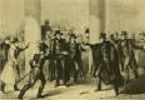




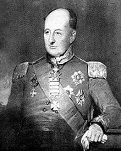








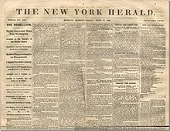


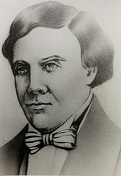
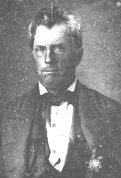














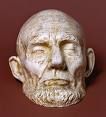



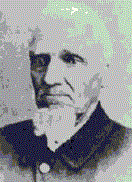
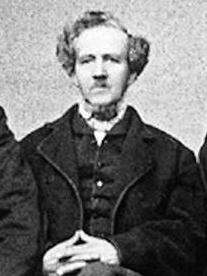
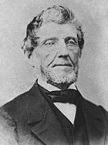
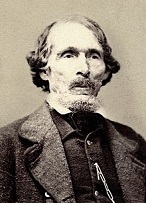



1835 By this year the gringo pop. in Texas has reached 30K, about 10x the number of Mexicans there - it's one on one and the moderator should only be there to blow the whistle? Her Majesty's Most Excellent Drug Pushers carry on? British opium sales in Chin nnnnnnnnnnnnnnnnnnnnnnnnnnnnnnnna rise to 17,257 chests, up from 2,330 in 1788 - feel the kiss, taste the rainbow? There are 1.2K newspapers and penny press pubs. in the U.S. On Jan. 7 Pres. Jackson nominates Princeton-educated James Moore Wayne (1790-1867) (whose sister Mary is the great-grandmother of Girl Scouts founder Juliette Gordon Low) as U.S. Supreme Court justice #23, and on Jan. 9 he is confirmed, and sworn-in on Jan. 14 (until July 5, 1867) to replace H. Brockholst Livingston (1806-33), William Johnson (1804-34) (who resigned on Aug. 4, 1834, one week before dying) and Gabriel Duvall (1811-35) (who resigns on Jan. 14 from deafness), giving the court only five members (Joseph Story, Smith Thompson, John McClean, Henry Baldwin); Wayne goes on to support the Union against the Confederates even though his son Henry C. Wayne becomes a Confed. gen.; he goes on to rule in Louisville, Cincinnati & Charleston Railroad Co. v. Letson (1844) that a citizen of one state can sue a corp. chartered in another state because it is "a person, though an artificial one, inhabiting and belonging to that state, and therefore entitled, for the purpose of suing and being sued, to be deemed a citizen of that state." On Jan. 30 as U.S. pres. #7 (1829-37) Andrew Jackson (1767-1845) leaves the East Portico of the U.S. Capitol in Washington, D.C. after attending the funeral of S.C. Rep. Warren R. Davis, mad unemployed Lancashire, England-born house painter Richard Lawrence (1800-61) (who believes he's really Richard III of England) becomes the first person to attempt to assassinate a U.S. pres. when he fires a pistol at his back, which misfires, after which Davy Crockett et al. wrestle him to the ground while Jackson hits him with his cane, but he pulls out a 2nd pistol and fires at Jackson again, and it misfires again, after which he is arrested; after his defense atty. Francis Scott Key proves him insane, he ends up in mental hospitals for life, ending up in St. Elizabeths Hospital (Govt. Hospital for the Insane), future home of John Hinckley Jr.; after attributing his survival to Divine Providence, Jackson blames the Rothschilds, and Lawrence confirms that powerful banking interests in Europe had hired him to do it?; the odds of two consecutive misfires are 1 in 125K?; in the 1930s researchers at the Smithsonian Inst. examine the two pistols and find them both in good working order - Andy, you forgot your shawl? In Jan. the British gen. election keeps PM (since Dec. 10) Sir Robert Peel's Tories in the minority, and he resigns on Apr. 8; on Apr. 18 William Lamb, 2nd Viscount Melbourne becomes PM again (until Aug. 30, 1841). By Jan. the U.S. federal debt is entirely paid off, thanks to purchases of Western U.S. real estate. On Mar. 2 emperor (since 1806) Francis I (b. 1768) dies, and his eldest, good-natured but feebleminded and epileptic son Ferdinand I (1793-1875) becomes emperor of Austria (until Dec. 2, 1848), with a regent council appointed because of his lack of mental capacity. On Mar. 3 the U.S. Congress approves the establishment of U.S. branch mints in New Orleans, La., Charlotte, N.C., and Dahlonega, Ga. On Mar. 17 Juan Manuel de Rosas becomes dictator gov. #17 of Argentina (until Feb. 3, 1852), working to make the big ranchers richer while ruling the lower classes with an iron fist; meanwhile Rosa's wife Encarnacion (Encarnación) Ezcurra (1795-1838) uses the paramilitary band called the Mazorca (Sociedad Popular Restauradora) (Popular Society for Restoration) to crush opposition and help him rule with an iron hand, creating a cult of personality. On Apr. 8 after gaining seats for his Conservative party but remaining in the minority, then losing a series of votes over Irish church revenues because of the Feb. Lichfield House Compact between Whigs and Irish MPs backed by Daniel O'Connell, which allows O'Connell to push for further reforms, Sir Robert Peel resigns as PM, but continues to be a big man in the House, attracting Sir James Graham and Edward Stanley from the Whigs, plus Benjamin Disraeli and William Gladstone (until Gladstone becomes a Liberal), and getting much of his key legislation passed by the Whigs. On Apr. 20-22 after the Carlists assemble an army of 30K N of the Ebro River, the Battle of Artaza sees 22K Liberal troops under minister of war Jeronimo Valdez decimated by 5K Carlist troops under Basque Gen. Tomas de Zumalacarregui, who hide in the brush in the mountains and ambush them, inflicting 700 casualties; too bad, after being ordered to siege Bilbao to give Don Carlos a seaport to facilitate his recognition by Euro nations, he is wounded in the calf by a musket ball, and has quack doctor Petriquillo treat him, hastening his death on June 24. On May 5 the first railway in continental Europe opens between Brussels and Mechelen. On May 6 the New York Herald newspaper (four pages for a penny), ed. by Scottish-born James Gordon Bennett Sr. (1795-1872) begins pub. in the cellar of #20 Wall St. in New York City, going on to print the first Wall Street financial article and report the first political speech in full, that of John Calhoun on the Mexican War, received by telegraph, making use sensationalism to become the #1 newspaper in the U.S. by 1845, reaching 84K circ. in 1861 before he turns the paper over to his son James Gordon Bennett Jr. in 1866; it ceases pub. in 1924, becoming the namesake of Herald Square (S of Times Square), and acknowledged in the 1904 song "Give My Regards to Broadway" ("Remember me to Herald Square"). On May 20-22 the 2nd 1835 Dem. Nat. Convention in Baltimore, Md. nominates Jackson's hand-picked successor, vice-pres. Martin Van Buren for pres., and Tecumseh-plunking Ky. Rep. Richard Mentor Johnson for vice-pres., despite being resented for keeping mulatto slave Julia Chinn as his common law wife and giving her two daughters; the Whigs, hoping to throw the election into the House of Reps., encourage state legislatures to put up three favorite sons: Sen. Daniel Webster of Mass., Sen. Hugh Lawson White (1773-1840) of Tenn., and Gen. William Henry Harrison of Ind. On June 23 the city of Durban (Zulu "itheku" = bay/lagoon) (modern-day pop. 595K/3.8M) on the Indian Ocean coast of South Africa is founded by 35 Voortrekkers, named after Cape Colony gov. (1834-8) Lt. Gen. Sir Benjamin Alfred d'Urban (1777-1849), going on to become South Africa's busiest port and a center of tourism. On July 8 the Liberty Bell cracks while tolling the July 6 death of Chief Justice John Marshall (b. 1755) (perhaps because so many other justices went with him?). On July 28 Corsican ne'er-do-well Giuseppe Marco Fieschi (1790-1836) fires a 20-gun contraption at Louis Philippe while he's reviewing his troops from a room overlooking the parade, killing 18, incl. a French marshal, and badly injuring himself; the king escapes, and Fieschi is guillotined next year - George Cluny with a fractured rib and a bandaged arm, his girlfriend on crutches? On Aug. 28 (Fri.) the first article in the Great Moon Hoax series by Richard Adams Locke (1800-71) (descendant of British philosopher John Locke) appears in the New York Sun, claiming that a new telescope has revealed that the Moon is inhabited by 4-ft.-tall flying man-bats along with unicorns and beavers; Edgar Allan Poe claims he was plagiarized. On Aug. 30 the city of Melbourne (originally Batmania) (modern-day pop. 4.7M) (named after British PM William Lamb, 2nd Viscount Melbourne) by N.S.W. gov. Sir Richard Bourke) is founded in S Australia by Tasmanian settler John Batman (1801-39), who crossed the Bass Strait and picked a site on the Yarra River, then bought 775 sq. mi. of land around it from the aborigines for clothing, blankets, knives, scissors and tomahawks in Batman's Treaty of June 6, becoming Britain's greatest land grab from helpless natives, declared void by Bourke on Aug. 26; Queen Victoria officially declares Melbourne a city in 1847, going on to become large and wealthy from the 1851 Victorian Gold Rush. In Aug. U.S. Pvt. Kinsley Dalton (namesake of Dalton, Ga.) is killed by Seminoles while carrying mail from Ft. Brooke to Ft. King; in Nov. Chief Charley Emathla surrenders his people at Ft. Brooke, who take ships W to Ark., pissing-off the other chiefs, who kill him. On Sept. 15 HMS Beagle arrives in the Galapagos Islands, and Charles Darwin goes to work. On Sept. 20 the bloody War of Tatters (Ragamuffin War) (Farroupilha Rev.) in S Brazil (ends Mar. 1, 1845) begins with a Republican uprising led by gens. Bento Goncalves da Silva (1788-1847) and Antonio de Souza Neto, supported by Giuseppe Garibaldi of Italy; the Riograndense (Piratini) Repub. is declared next Sept. 11 (ends Mar. 1, 1845). On Oct. 2 the white Anglo Texians of E Texas proclaim their right to secede from Mexico and begin the Texas Rev. (War of Independence) (ends Apr. 21, 1836). On Oct. 2 the DeWitt Colony in Tex., founded in the 1825 by recently-deceased (May 18) Ky.-born Anglo Green DeWitt (1787-1835) fight to keep a cannon donated in 1831 by the Mexicans to protect them from Comanche raids at the Battle of Gonzales, becoming the "Lexington-Concord of Texas" against Mexico; with the slogan "Come and Take It", first used on a banner by Green's wife Sara and daughter Naomi made from a dress. On Oct. 9 the Mexican-held Presidio La Bahia fort in Goliad, Tex. is captured by a group of Texian volunteers. In Oct. 19-y.-o. Trier-born Karl Marx (b. 1818) rejects the lawyer career selected by his lawyer father and moves to the U. of Bonn in the hopes of becoming a prof., gettomg wounded in Aug. 1836 in a duel with a member of the aristocratic Prussian Borussian Korps fraternity before transferring to the U. of Berlin in Oct. 1836, switching from law to study the philosopher G.W.F. Hegel, joining the Young Hegelians in 1837 and ending up dancing in the streets in Nov. 1837, writing to his father that "I wanted to embrace every person standing on the street-corner"; in Apr. 1841 after switching to the U. of Jena, he is awarded a doctorate for his thesis "The Difference Between the Democritean an Epicurean Philosophy of Nature"; too bad, the reactionary policy of the govt. makes him give up his academic career and move to Cologne in 1842 to become a journalist for the radical Rheinische Zeitung, which is banned by the Prussian govt. in 1843, causing him to move to Paris in Oct. 1843, becoming co-ed. of the radical Deutsch-Franzosische Jahrbucher (Deutsch-Französische Jahrbücher), which is banned by German states after one issue, in which he pub. the article "On the Jewish Question", marking his embrace of Communism with its belief that the proletariat are a rev. force. On Nov. 2 Tenn. frontiersman Sam Houston is made CIC of the Texian Army. In Nov. 4 the Battle of Nueces Crossing (Lipantitlan) at Ft. Lipantitlan in SE Texas is a V and morale booster for 60-70 Texians over 90 Mexicans under Cmdr. Nicolas Rodriguez, giving them full control of the Texas Gulf Coast, preventing Mexican reinforcements from arriving by sea and contributing to the final Texian V. On Nov. 26 the immortal Grass Fight of Texas S of San Antonio results when Jim Bowie leads a group of Texians in ambushing a Mexican silver shipment, and it turns out to be grass to feed their horses. On Dec. 5 the Texican army under Gen. Edward "the Old Indian Fighter" Burleson (1798-1851) attacks San Antonio; Samuel Augustus Maverick (1803-70), who moved to San Antonio from S.C. earlier in the year, was captured by the Mexican army, released on a pledge to return the U.S., and reneged (proving that he's an er, maverick?) fights with Burleson. On Dec. 16 the 1835 Great Fire of New York breaks out in New York City, destroying 17 city blocks and 530 bldgs., incl. most of the original New Amsterdam, killing two and doing $20M damage. On Dec. 20 the first Declaration of Independence of the Repub. of Texas is signed in Goliad, Tex. On Dec. 29 the Treaty of New Echota is signed by reps of a minority of Cherokees, giving up their lands in the SE in exchange for new lands in Indian Territory W of the Arkansas River, expenses for transportation, and $5 - their money is no good to the hate-filled whites along the Trail of Tears? Mich. and Ohio almost go to war over the new city of Toledo, Ohio at the W end of Lake Erie at its confluence with the Maumee River on in NW Ohio on the Mich. border (modern-day pop. 287K/608K), founded in 1833; in 1845 the Miami and Erie Canal is completed, causing pop. to grow, becoming known as "the Glass City" for its glass industry. English becomes the official language of India. Liberal Chilean Gen. Freire attempts an invasion of Chile with Peruvian support, causing Chile to declare war on the Peru-Bolivian Confederation (ends 1841), and Gen. Joaquin Prieto to declare a state of siege, giving vice-pres. Diego Portales given wide powers to stifle liberals within the military, causing a revolt in 1837 led by Col. Jose Antonio Vidaurre Garreton (Garretón) (1798-1837), which assassinates Portales in 1837. In Britain the Municipal Corporations Act reorganizes the govt. of the boroughs and towns, eliminating waste and corruption as the new middle class voters created in 1832 chime in and get what they want. James K. Polk of Tenn. becomes speaker of the U.S. House, the first of two terms (until 1839). Sometimes-tragedian George William Frederick Howard, 7th Earl of Carlisle (1802-64) becomes undersecy. of Ireland (until 1841), and likes it so much he comes back as viceroy from 1855-8 and 1859-64; meanwhile he gets interested in juvenile delinquency and establishes a model reformatory on his estate - already he's working overtime? The English Highway Act is passed to improve the roads - how do you like my new car? The Cruelty to Animals Act is passed by the English Parliament, prohibiting the baiting of animals, leading to a decline in the breeding of mastiffs. The German Federal Diet bans the works of Heine, Borne, Gutzkow, and other "Young Germany" writers, causing their income to tank; Heine luckly has his rich Jewish banker uncle, but he marries an extravagant vain French babe, then in 1845 gets a spinal disease which paralyzes him and makes him bedridden in 1848-56, all of which makes him a better writer, causing him to come in #2 behind Goethe? The Sixth Kaffir War (begun 1834) ends with the Bantus getting bent. The Battle of the Macta River in Algeria is a D for the French under gen. ? Trezelon, causing gov.-gen. Jean-Baptiste Drouet to be recalled and replaced. After Serbian prince Milos Obrenovic I's autocratic rule causes a Serbian revolt, a Serbian constitution is proclaimed, pissing-off the Hapsburgs, Ottomans, and Russians, causing it to be withdrawn. The sheikhs of the Pirate Coast of the Arabian Peninsula agree not to engage in any more hostilities at sea with the British. Ang Mey becomes reina of Cambodia (until 1840). The Locofocos, a radical faction of the Dem. Party (originally called the Equal Rights Party) is founded in New York City by journalist William Leggett (1802-39) et al. as a protest against Tammany Hall, gaining their name when a conservative group tries to shut down their meeting by turning off the gas lights, after which they use Locofocos (matches) to light candles; they go on to support laissez-faire, Andy Jackson, Martin Van Buren, and labor unions, and oppose state banks, with members incl. William Cullen Bryant and Walt Whitman, finally melting away in the 1840s. The Bank of Belgium is founded. Halley's Comet appears this year (76.3-year cycle). Bull-baiting becomes illegal in England, but the breeding of tamer bulldogs is continued by fanciers. A second wave of German settlers from the Bohemian Forest begins arriving in the U.S. (until 1850). Lord Brougham discovers the French fishing village of Cannes, builds a harbor and turns it into the sanatorium of Europe, with the "Promenades des Anglais". Oskaloosa, Iowa (Creek "black rain") is settled by Daniel Boone's youngest son Nathan Boone after Stephen W. Kearney sends him to select the site of Ft. Des Moines on a high ridge ("the Narrows") between Skunk river and Des Moines River. Britain begins importing guano from Peru - mustard, hell, that's pure sh--? The first permanent sugar plantation in Hawaii is established in Kauai by William Northey Hooper (1809-78), who leases 980 acres from Kamehameha III and founds Ladd & Co. with William Ladd (1807-63) and Peter Allen (Allan) Brinsmade (1804-59); by 1865 there are sugar plantations on all four main islands. Felix Mendelssohn becomes conductor of the Gewandhaus Orchestra in Leipzig. The first trans. of the Bible into Tahitian is made. The Malagasy Bible is the first vers. pub. for an African country (Madagascar) in movable type. Bethel, Conn.-born Phineas Taylor "P.T." Barnum (1810-91) begins his huckster career by exhibiting Joyce (Joice) Heth (1674-), a black woman alleged to be George Washington's nurse and only 160 years young; one of his most favorite stunts was to display a big sign reading "This Way to the Egress", and when suckers followed it they ended up in the alley, because egress means exit. The expression "L'Art pour l'Art" (Art for Art's sake" is coined by French philosopher Victor Cousin (1792-1867). Charles Darwin writes, "It's not the strongest of the species that survive, nor the most intelligent, but the most responsive to change" - go on, punish yourself? Oberlin College in Ohio begins admitting students of all races. The Agence Havas (later Agence France Presse) is founded by Charles-Louis Havas (1783-1858), becoming the first worldwide info. agency. The first German railway line opens between Nurnberg and Furth; the first cargo is two barrels of beer. This year there are less than 500 mi. of rails on the North Am. continent. The William Penn 4-2-0 (four wheels in front, two driving wheels, no trailing wheels) iron horse is built by the William Norris (1802-67) Locomotive Works in Philadelphia, Penn., and stays in service with various railroads until 1900, getting shipped around the Horn to San Francisco before the construction of the transcontinental railroad. Jonas Hallgrimsson (1807-44) et al. found the periodical Fjoenir (Fjöenir) in Copenhagen to purify the Icelandic language of Danish and German words - take the yellow out of the ice? Galileo's 1632 Dialogue Concerning the Two Chief World Systems is removed from the Vatican's list of prohibited books long after everybody's read it. After Joseph Smith Jr. started out in 1828 claiming to restore primitive Christianity sans priests, hierarchy, or dogmas, inviting anywho who feels called to minister freely, which proved an attractive recruitment formula, he cops-out and claims the need for a hierarchy based on the Pauline model, founding the Quorum (Council) of the Twelve Apostles as a body of "traveling councilors" equal in authority to the First Presidency, with jurisdiction outside areas where the LDS Church is formally organized (AKA Zion), supposed to act as prophets, seers, revelators, evangelical ambassadors, and special witnesses of Jesus Christ; Brigham Young is an original member; after the Three Witnesses pick Brigham's brother Phineas Young (1799-1879) as a member on Feb. 14, Joseph Smith Jr. overrules them and picks his own younger brother William B. Smith (1811-93), who is ordained as an apostle on Feb. 15, starting a simmering feud with Brigham Young; after their 1839-41 mission to England the Twelve Apostles are given charge of church affairs under the direction of the First Presidency; meanwhile on Feb. 28 the Seventy are ordained, followed on Mar. 1 by the First Seven Presidents of the Seventy, which is later called the First Quorum of the Seventy, directed and supervised hierarchically by the Quorum of the Twelve Apostles; the senior pres. of the First Seven Presidents of the Seventy is Brigham's elder brother Joseph Young (1797-1881) (until July 16, 1881). Architecture: Strasbourg-born Swiss wax modeller Madame Marie Tussaud (Anna Maria Grosholtz) (1761-1850) founds Madame Tussaud's Wax Museum on Baker St. in London. 59-ft.-high Denver Windmill in Denver, Norfolk, England is built to grind corn; in 1941 it is hit by lightning, but restored in 2000. A castle is built on the site of Macbeth's Castle in Inverness, Scotland, becoming the admin. offices of Inverness-shire, largest county in Scotland, home of Ben Nevis (4,406 ft.), highest peak in the British Isles, and Glen More (Great Glen), home of Loch Ness Lake, and the place where the Scottish clan system was born in the 12th cent. C.E. and attained its greatest development. Inventions: English locksmith Charles Chubb (1779-1845) of Chubb Locks patents a burglar-proof safe. The most powerful device ever made is in the hands of one man? Samuel Colt (1814-62) of the U.S. invents the automatic revolver, and takes out an English patent for a single-barreled pistol and rifle; on Feb. 25, 1836 he receives a U.S. patent for a firearm with a revolving cylinder (revolver) - too late for Alamo use? Solomon Merrick of Springfield, Mass. patents the first wrench - I thought it was Solomon Monkey? Clark Mills (1815-83) of N.Y. invents a new method of casting from life, and makes a marble Bust of John C. Calhoun which is placed in the Charlestown, S.C. city hall. New York U. art prof. Samuel F.B. Morse (1791-1872) invents and demonstrates the Morse Electric Telegraph based on prior work of Germans Carl Friedrich Gauss and Wilhelm E. Weber; he and his associate Albert Vail (1807-59) build and test it in Speedwell Ironworks in Morristown, N.J.; Morse and Maine Dem. rep. (1833-9) Francis Ormond Jonathan Smith (1806-76) lobby Congress for federal funding to build his telegraph system. English physicist William Henry Fox Talbot (1800-77) takes the earliest known negative photograph using paper coated with silver chloride in a camera obscura, Lacock Abbey, Wiltshire, and later claims to have invented photography ahead of Daguerre; he later waxes the negative, places it over another coated paper, and exposes it to sunlight to produce a positive image, becoming the first to produce multiple copies from one negative, and the first to make paper photographs ("negative positives"), which develops into modern photography, while Daguerrotypes prove to be a dead end? After Robert Anderson of Scotland invents the first crude electric carriage, Sibrandus Stragingh of Groningen, Netherlands makes the first effort to propel railroad vehicles by electric batteries. Science: Swiss naturalist Louis Agassiz names the Great White Shark (known for 2.5 in. teeth) Carcharodon (Gr. "sharp tooth") carcharias after deciding it's related to the 50-ft. extinct shark Carcharodon megalodon, known for 6-in. teeth; too bad, evolutionists later decide that it descended from the medium-sized mako shark. Jons Jakob Berzelius coins the term "catalysis", with the soundbyte: "Catalysts are substances which by their mere presence evoke chemical reactions that would not otherwise take place." English zoologist Edward Blyth (1810-73) begins to pub. articles in the Mag. of Natural History (until 1837), toying with the idea of natural selection, but never going all the way because he clings to Creationism? Augustin Louis Cauchy pub. the first mathematical existence proof for the solution of a differential equation - math is now a profession with its own work product? French physicist Gustave Gaspard de Coriolis (1792-1843) first pub. a description of the curving deflection of winds caused by the Earth's rotation, AKA the Coriolis Effect (counterclockwise in the N Hemisphere). Nonfiction: Ferdinand Christian Baur (1792-1860), Uber die Sogenannten Pastoralbriefe; claims that the false teachers mentioned in 2 Tim. and Titus are the Gnostic Marcionites of the 2nd cent., hence that's when the Pastoral Epistles were written. William Thomas Beckford, Letters from Italy with Sketches of Spain and Portugal. George Borrow (1803-81), Targum, or Metrical Translations from Thirty Languages and Dialects. Henry Charles Carey (1793-1879), Rate of Wages. Gaspard Gustav Coriolis (1792-1843), On the Equations of Relative Motion of a System of Bodies (Sur les Equations de Mouvement Relatif des Systemes de Corps); the Coriolis Effect. F.G. Dahlmann (1785-1860), Politics, traced back to the elements and extents of the given conditions. Charles G. Finney (1792-1875), Lectures on Revivals of Religion. Heinrich Heine (1797-1856), Der Salon (4 vols.) (1835-40). Alphonse de Lamartine (1790-1869), Visit to the Holy Land; or, Recollections of the East (2 vols.). William Martin Leake (1777-1860), Travels in Northern Greece. Nikolai Lobachevsky (1792-1856), Imaginary Geometry; New Principles of Geometry, with a Complete Theory of Parallels. William Holmes McGuffey (1800-73), Eclectic Readers (vols. 1-2 of 6); compiled while a language teacher at Miami U. in Ohio (1826-36); sells 120M copies. Sir Roderick Impey Murchison (1792-1871) and Adam Sedgwick (1785-1873), On the Silurian and Cambrian Systems, Exhibiting the Order in which the Older Sedimentary Strata Succeed each other in England and Wales; defines the succession of Paleozoic strata in Wales, with Murchison defining the Silurian system (1839), and Sedgwick (Charles Darwin's teacher) defining the Cambrian system, laying the foundation for the modern Geological Time Scale; in 1840 after the Great Devonian Controversey, Murchison discovers a new layer between the Silurian and Carboniferous, which he calls the Devonian system. James Kirke Paulding (1778-1860), Life of Washington. Adolphe Quetelet (1796-1874), Sur l'Homme det le Developpement de ses Facultes, ou Essai de Physique Sociale; the theory of probability applied to the statistics of society, which he calls Social Physics, where the "average man" (l'homme moyen) is characterized by the mean values of measured variables following a normal distribution, pissing-off Auguste Comte, who coins the term "Sociology" in opposition. Rebecca Theresa Reed, Six Months in a Convent; sells 200K copies in its 1st mo. Emma Smith (1804-79) (ed.), A Collection of Sacred Hymns, for the Church of the Latter Day Saints; is pub., consisting of 90 hymns selected by Joseph Smith Jr.'s 1st wife Emma Hale Smith Bidamon (1804-79), who was instructed by her hubby 3 mo. after the LDS Church was organized on Apr. 6, 1830 to do it, with the soundbyte: "For my soul delighteth in the song of the heart; yea, the song of the righteous is a prayer unto me, and it shall be answered with a blessing upon their heads"; text revisions for doctrinal purposes are by N.J.-born Mormon hymnodist William Wines Phelps (1792-1872), whose hymn The Spirit of God Like a Fire is Burning is sung at the dedication of the Kirtland Temple in Kirtland, Ohio next Mar. 27; Phelps goes on to be excommunicated on Mar. 17, 1838, reinstated on July 8 by Joseph Smith Jr., then in Nov. 1838 turn rat at Smith's hearings in Richmond, Mo., getting him excommunicated again on Mar. 17, 1839, and reinstated in June 1840 by Smith, becoming a ghostwriter for him in Nauvoo, Ill., then getting excommunicated a 3rd time on Dec. 9, 1847, only to be reinstated on Dec. 11, ending up in Salt Lake City, where he becomes a lifelong good Mormon, leaving a legacy of 14 Mormon hymns, which are all pub. in the Hymns of The Church of Jesus Christ of Latter-day Saints, the official LDS Church hymnal, pub. in 1985. David Friedrich Strauss (1808-74), The Life of Jesus, Critically Examined (Das Leben Jesu, Kritisch Bearbeitet) (2 vols.) (1835-6); 4th ed. 1840, tr. into English by George Eliot in 1846 (3 vols.); says what all the Rationalists have been thinking, rejecting the miracles and Virgin Birth of Christ as myths, and showing that there is no way to construct a historical image of Jesus from the New Testament to serve the Christian faith, although the myths they are based on may contain a kernel of truth, causing a giant reaction in Germany; claims that the Gospels were written late in the 2nd cent. C.E.; "The most pestilential book ever vomited out of the jaws of hell" (Earl of Shaftsbury); Albert Schweitzer later writes that Strauss' works "filled in the death-certificates of a whole series of explanations which, at first sight, have all the air of being alive, but are not really so", dividing the Quest for the Historical Jesus into "the period before David Strauss, and the period after David Strauss"; spawns disciples incl. Bruno Bauer (1809-82), who concludes that Jesus was a 2nd cent. myth stolen from Greek and Roman mythology, with Judaism thrown in; too bad, he couches his book in terms of Hegelian philosophy, causing the Young Heglians to chew him up, starting with Bruno Bauer. Music: Daniel Auber (1782-1871), Le Cheval de Bronze (opera) (Opera Comique, Paris). Vincenzo Bellini (1801-35), I Puritani (opera) (Jan. 24) (Theatre Italien, Paris); his biggest hit; too bad, he dies while composing his next work. Frederic Chopin (1810-49), Ballad No. 1 in G minor, Op. 23 (1835-6). Gaetano Donizetti (1797-1848), Lucia di Lammermoor (tragic opera) (Sept. 26) (Teatro San Carlo, Naples); first with libretto by Salvatore Cammarano; based on Sir Walter Scott's 1819 "The Bride of Lammermoor"; incl. The Mad Scene. Jacques Fromental Halevy (1799-1862), La Juive (opera) (Paris Opera); libretto by Eugene Scribe; the impossible love between a Christian man and Jewish woman; his masterpiece?; L'Eclair (The Lightning Flash) (opera) (Opera Comique, Paris) (Dec. 16); libretto by Jules-Henri Vernoy de Saint-Georges; Halevy plays cello in the orchestra; gives him two Paris hits in the same season. Art: John Constable (1776-1837), The Valley Farm. Jean-Baptiste-Camille Corot (1796-1875), Hagar in the Desert. Sengai Gibon, Six Aged Immortal Poets; humorous. Baron Antoine-Jean Gros (1771-1835), Hercules and Diomedes. Alexander Ivanov, The Appearance of Christ to Mary Magdalene. William Sidney Mount (1807-68), Bargaining for a Horse. J.M.W. Turner, The Grand Canal. Plays: Casimir Delavigne (1793-1843), Don Juan d'Autriche. Christian Dietrich Grabbe (1801-36), Hannibal (tragedy). Johan Ludvig Heiberg, The Elves (comedy). Victor Hugo (1802-85), Angelo, Tyran de Padoue. Angel de Saavedra (1791-1865), Don Alvaro, or The Force of Destiny (Don Alvaro o la Fuerza del Sino); Romanticism goes Spanish? Poetry: Anon., Kathleen Mavourneen; "Kathleen Mavourneen, the grey dawn is breaking,/ The horn of the hunter is heard on the hill." Robert Browning (1812-89), Paracelsus (debut); his first memorable pub., the work of a mind that likes to read arcane books. Franz Grillparzer (1791-1872), Tristia ex Ponto; his misery and despair over his wife Katharina Frohlich and dead mother. Victor Hugo (1802-85), Chants du Crepuscule. Leigh Hunt (1784-1859), Captain Sword and Captain Pen. Alphonse de Lamartine (1790-1869), Voyage en Orient. Elias Lonnrot (1802-84) (ed.), The Kalevala (Kalewala) ("Land of Heroes"); Finnish epic poem in unrhymed trochaic verse, compiled from ancient pre-Christian tales; becomes the nat. epic of Finland and Karelia; 2nd ed. pub. in 1849; spends more lines describing the creation of beer than the creation of the world; about female brewer Osmata's discovery of hops with help from a bee; "Great indeed the reputation/ Of the ancient beer of Kalew,/ Said to make the feeble hardy,/ Famed to dry the tears of women,/ Famed to cheer the broken-hearted,/ Make the aged young and supple,/ Make the timid brave and mighty,/ Make the brave men ever braver,/ Fill the heart with joy and gladness,/ Fill the mind with wisdom-sayings,/ Fill the tongue with ancient legends, Only makes the fool more foolish." Thomas Moore (1779-1852), The Fudge Family in England. William Wordsworth (1770-1850), Yarrow Revisited and Other Poems. Novels: Hans Christian Andersen (1805-75), Fairy Tales Told for Children (May 8); the first four of his 168 dark children's stories, making up such great stuff as the Ugly Duckling, the Princess and the Pea (20 mattresses and 20 featherbeds), the Emperor's New Clothes, and the Little Mermaid (Die Kleine Seejungfrau) (who dissolves into sea foam but is transformed into a daughter of the air), which sound like they're based on old folk tales but aren't? Edward George Bulwer-Lytton (1803-73), Rienzi. Joseph von Eichendorff (1788-1857), Die Meerfahrt. Nikolai Gogol (1809-52), Mirgorod (2 vols.) (short stories); contains the story Taras Bulba, about a 16th cent. Cossack revolting against the Poles, which is so popular that he expands it into a novel pub. in 1842; . Arabesques (short stories), incl. Diary of a Madman; The Nose (short story) (1835-6); about Maj. Kovalyov, whose nose detaches and attains the higher rank of state councillor. John Galt (1779-1839), Efforts by an Invalid. Theophile Gautier (1811-72), Mademoiselle de Maupin (first novel); based on the true story an opera star who disguised herself as a man and was a first-rate swordsmen, setting fire to a convent for the love of another woman before retiring to a convent and dying in her thirties; Madelaine de Maupin disguises herself as a man named Theodore, causing both a man, d'Albert, and his mistress Rosette to fall in love with her; "Everything useful is ugly". Karl Gutzkow (1811-78), Wally, die Zweiflerin (Wally the Doubter); attacks marriage and religion, getting him 3 mo. in priz. and used as an excuse by the govt. to ban the works of Heinrich Heine et al. Henry William Herbert (1807-58), Two Brothers: A Tale of the Fronde. John Pendleton Kennedy (1795-1870), Horse-Shoe Robinson: A Tale of the Tory Ascendency; about the Am. Rev. Augustus Baldwin Longstreet, Georgia Scenes; introduces backwoods lowlife Ransy Sniffle. Mary Russell Mitford (1787-1855), Belford Regis. William Gilmore Simms (1806-70), The Yemassee; The Partisan. Alfred de Vigny (1897-1863), Servitude et grandeur militaires (Glory and Submission: Aspects of Military Life) (3 vols.); semi-autobio. novel about military life. Births: Am. Mitsubishi founder Iwasaki Yataro (d. 1885) on Jan. 9 in Aki, Tosa Province (Kochi Prefecture). Am. baseball hall-of-fame player-mgr. William Henry "Harry" Wright (d. 1895) on Jan. 10 in Sheffield, England; son of cricketer Samuel Wright; emigrates to the U.S. at age 2. Russian composer (Roman Catholic) Cesar Benjaminus Antonovich Cui (d. 1918) on Jan. 18 (Jan. 6 Old Style) in Vilnius, Lithuania; French father, Lithuanian mother; member of The Five. English humorist playwright Tom Hood (d. 1874) on Jan. 19 in Lake House, Wanstead, Essex; son of Thomas Hood (1799-1845); educated at Pembroke College, Oxford U. Hawaiian king #6 (1873-4) ("the People's King") (alcoholic) Lunalilo I (William Charles Lunalilo) (d. 1874) on Jan. 31 in Pohukaina, Honolulu; grandson of Kalaimamahu, half-brother of Kamehameha I; cousin of Kamehameha V; on Nov. 23, 1875 his remains are removed at his request from the Royal Mausoleum in Nu'uanu Valley to the Kawaiaha'o Church; after a 21-gun salute is denied, a thunderstorm emits 21 thunderclaps to make up for it? Indian Muslim leader (founder of the Ahmadiyya sect) Mirza Ghulam Ahmad (d. 1908) on Feb. 18 in Qadian, Punjab. English jurist Albert Venn Dicey (d. 1922) on Feb. 4 in Leicestershire; educated at Balliol College, Oxford U.; brother of Edward Dicey (1832-1911). German plankton zoologist (discoverer of Hensen cells in the ear) Christian Andreas Victor Hensen (d. 1924) on Feb. 10 in Schleswig; coins the term "plankton". Japanese PM #4 (1891-2), #6 (1896-8) Prince (Marquis) Matsukata Masayoshi (d. 1924) on Feb. 25 in Kagoshima, Satsuma. Am. Civil War Union gen. Charles Ewing (d. 1893) on Mar. 6 in Lancaster, Ohio; son of Thomas Ewing Jr. (1789-1871); brother of Ellen Ewing Sherman (1824-88) (wife of William Tecumseh Sherman), Hugh Boyle Ewing (1826-1905), and Thomas Ewing Jr. (1829-96); educated at the U. of Va. Am. astronomer and political economist Simon Newcomb (d. 1909) on Mar. 12 in Wallace, N.S., Canada; suptd. of the U.S. Nautical Almanac Office 1877-97. Italian astronomer Giovanni Virginio Schiaparelli (d. 1910) on Mar. 14; great-uncle of Elsa Schiaparelli (1890-1973). Austrian "Doctrinen", "Bahn Frei" composer-conductor Eduard "Edi" Strauss (d. 1916) on Mar. 15 in Vienna; son of Johann Strauss I (1804-49); brother of Johann Strauss II (1825-99) and Josef Strauss (1827-70). Scottish philosopher Edward Caird (d. 1908) on Mar. 23 in Greenock; brother of John Caird (1820-98); master of Balliol College (1893-1907). Austrian (Carinthian Slovene) Stefan-Boltzmann Law mathematician-physicist Josef Stefan ()d. 1893) in St. Peter, Klagenfurt; educated at the U. of Vienna. Am. painter-muralist-writer John LaFarge (d. 1910) on Mar. 31 in New York City; known for his stained glass windows, murals, and adventures in Japanese art; father of John LaFarge Jr. (1880-1963). Am. financier James "Big Jim" "Diamond Jim" "Jubilee Jim" Fisk Jr. (d. 1872) on Apr. 1 in Bennington, Vt. Czech Maj School realist poet-dramatist-writer Vitezslav Halek (d. 1874) on Apr. 5 in Odolena Voda. Am. brewer George Ehret (d. 1927) on Apr. 6 in Germany; emigrates to the U.S. in 1857. Belgian king (1865-1909) Leopold II (Louis Philippe Marie Victor) (d. 1909) on Apr. 9; son of Leopold I (1790-1865). Am. journalist and railroad tycoon (founder of Edison Gen. Electric Co.) Henry Villard (Ferdinand Heinrich Gustav Hilgard) (d. 1900) on Apr. 10 in Speyer, Palatinate, Germany; emigrates to the U.S. in 1853; husband (1866-) of Helen Frances Garrison (daughter of William Lloyd Garrison); father of Owald Garrison Villard (1872-1949); pres. (1881-) of Northern Pacific Railway; owner of the New York Post. Am. Sioux Indian chief Touch the Clouds (Mahpiya Icahtaya or Iyapat'o) (d. 1905) (1837-9?) on Apr. 19 in S.D.; son of Lone Horn (1790-1875) and Stands on the Ground; brother of Big Foot (1824-90); cousin of Crazy Horse (1842-77). Austrian genre painter Franz Jacob von Defregger (d. 1921) on Apr. 30 in Dolsach, Tirol (Tyrol). Italian archeologist-historian Gian Francesco Gamurrini (d. 1923) in May 18 in Monte San Savino, Arezzo. Am. Protestant Episcopal clergyman (bishop #7 of the Episcopal Diocese of New York) Henry Codman Potter (d. 1908) on May 25 in Schenectady, N.Y.; son of Alonzo Potter; nephew of Horatio Potter, whom he succeeds as bishop of New York in 1887, beginning the building of the supersized Cathedral of St. John the Divine (1892); "More praised and appreciated, perhaps, than any public man in New York City's long list of citizens" (James Sheerin). U.S. Confed. Brig. Gen. Edward Porter Alexander (d. 1910) on May 26 in Washington, Ga. Am. Union Pacific Railroad pres. (1884-90), U.S.Civil War Union col. and historian Charles Francis Adams Jr. (II) (d. 1915) on May 27 in Boston, Mass.; 2nd son of Charles Francis Adams (1807-86), son of John Quincy (J.Q.) Adams (1767-1848); brother of Henry Brooks Adams (1838-1918); educated at Harvard U. English poet laureate (1896-1913) Alfred Austin (d. 1913) on May 30 in Headingley (near Leeds); educated at the U. of London. Italian Pope #257 (1903-14) (St.) Pius X (Giuseppe Melchiorre Sarto) (d. 1914) on June 2 in Riese, Lombardy-Venetia; first pope since Pius V (1566-72) to be canonized. Italian Tuscan grand duke (1859-60) Ferdinand IV of Tuscany (d. 1908) on June 10 in Florence; son of Leopold II (1797-1870). Am. Lincoln assassination conspirator George Andreas Atzerodt (d. 1865) on June 12 in Dorna (Anrode), Germany; emigrates to the U.S. in 1843. Russian pianist-conductor-composer (Jewish) Nikolai Grigoryevich Rubinstein (d. 1881) on June 14 (June 2 Old Style) in Moscow; brother of Anton Rubinstein (1829-94). Am. "Mazeppa" actress-poet-painter Adah Isaacs Menken (d. 1868) on June 15; first woman poet to follow Walt Whitman and use free verse. Am. Folgers Coffee founder (1860) James Athearn "J.A." Folger (d. 1889) on June 17 in Nantucket, Mass. German archeologist Julius Naue (d. 1907) on June 17 in Kothen; student of August von Kreling (1819-76). Am. Log Cabin Syrup founder Patrick James Towle (d. 1912) on June 27 in Troy, N.Y. British field marshal (1903-) ("Defender of Ladysmith") Sir George Stuart White (d. 1912) on July 4 in Portstewart, County Londonderry, Ireland; knighted in 1886. Polish violinist-composer (Jewish) Henri Wieniawski (d. 1880) on July 10 in Lublin; Catholic-convert Jewish father. English jurist Sir Erskine Holland (d. 1926) on July 17 in Brighton, Sussex. Italian "Hymn to Satan" poet Giosue (Giosuè) Alessandro Giuseppe Carducci (d. 1907) on July 27 in Val di Castello, Tuscany. Am. hall-of-fame heavyweight boxing champ (1862-5) Joe Coburn (d. 1890) on July 29 in Middletown, County Armagh, Ireland. French PM #50 (1885-6), #66 (1898) Eugene Henri Brisson (d. 1912) on July 31 in Bourges (Cher). Am. telephone inventor (Quaker) (founder of Western Electric Co.) Elisha Gray (d. 1901) on Aug. 2 in Barnesville, Ohio; educated at Oberlin College. English 6'2" boxer ("the Fighting Sailor") Thomas "Tom" King (d. 1888) on Aug. 14 in Stepney, East London. Am. Bland-Allison Act Dem. politician Richard Parks "Silver Dick" Bland (d. 1899) on Aug. 19 near Hartford, Ohio. Australian cricketer Thomas Wentworth "Tom" Wills (d. 1880) on Aug. 19 near Gundagai, N.S.W.; son of pastoralist Horatio Spencer Wills (-1861). English economist-logician William Stanley Jevons (d. 1882) on Sept. 1 in Liverpool; educated at Univ. College London, and U. of London; first to describe the final (utility) theory of value. French PM #69 (1902-5) (Freemason) Emile (Émile) Justin Louis Combes (d. 1921) on Sept. 6 in Roquecourbe. Am. philosopher (ed, of "Webster's New Internat. Dictionary") (inventor of the divided page) William Torrey Harris (d. 1909) on Sept. 10 in North Killingly, Conn.; educated at Phillips Academy, and Yale U. U.S. atty. gen. #41 (1893-5) and secy. of state #34 (1895-7) Richard Olney (d. 1917) on Sept. 15 in Oxford, Mass.; educated at Brown U., and Harvard U. English "Lady Audley's Secret" novelist Mary Elizabeth Braddon (d. 1915) on Oct. 4 in London; mother of William Babington Maxwell (1866-1938). French pianist-composer (child prodigy) Charles-Camille Saint-Saens (d. 1921) on Oct. 9 in Paris. Am. conductor Theodore Thomas (d. 1905) on Oct. 11 in Esens, Hanover, Germany; emigrates to the U.S. in 1845. German aviation pioneer Paul Haenlein (b. 1905) on Oct. 17 in Cologne. U.S. Dem. vice-pres. #23 (1893-7) Adlai Ewing Stevenson Sr. (d. 1914) on Oct. 23 in Christian County, Ky.; of Scots-Irish descent; grandfather of Adlai Stevenson II (1900-65). German organic chemist Johann Friedrich Wilhelm Adolf von Baeyer (d. 1917) on Oct. 31 in Berlin; educated at Berlin U. Italian physician-criminologist (Jewish) Cesare (Ezechia Marco) Lombroso (d. 1909) on Nov. 6 in Verona; his Lombrosian Method regards the criminal as a distinct, atavistic genetic type that is inherited - this program is real, the help you can get is real? Italian mathematician Eugenio Beltrami (d. 1900) on Nov. 16 in Cremona, Lombardy. Am. celeb Asia Frigga Booth Clarke (d. 1888) on Nov. 19 in Bel Air, Md.; 8th of 10 children born to Junius Brutus Booth (1796-1852) and Mary Ann Holmes; sister of Edwin Booth (1833-93) and John Wilkes Booth (1838-65). Am. Civil War Confed. gen. and Va. gov. (1886-90) Fitzhugh Lee (d. 1905) on Nov. 19 in Clermont, Fairfax County, Va.; son of Commodore Sydney Smith Lee; grandson of Light-Horse Harry Lee (1756-1818); nephew of Robert E. Lee (1807-70). Am. super-miser millionaire ("the Witch of Wall Street") (Quaker) Henrietta "Hetty" Howland Green (nee Robinson) (d. 1916) on Nov. 21 in New Bedford, Mass.; mother of Edward Howland Robinson Green (1868-1936) and Hetty Sylvia Ann Howland Green (1871-1951). English "Etymological English Dictionary" philologist Walter William Skeat (d. 1912) on Nov. 21 in London; educated at Christ's College, Cambridge U.; grandfather of Theodore Cressy Skeat (1907-2003). Scottish self-made millionaire industrialist-philanthropist ("the Star-Spangled Scotsman") Andrew Carnegie (d. 1919) on Nov. 25 in Dunfermline (in E Scotland near the Firth of Forth); emigrates to the U.S. in 1848 and starts out in a cotton mill in Allegheny, Penn. working for $1 a week. Am. "Tom Sawyer", "Huckleberry Finn" humorist novelist Samuel Langhorne Clemens (Mark Twain) (d. 1910) on Nov. 30 [Sagittarius] in Florida, Mo.; born 2 mo. premature, and stays in poor health until age 10; in 1839 moves 25 mi. to Hannibal, Mo., on the W bank of the Mississippi River; quits school in 1848 a year after his father's death, leaving him with a 5th grade education, and works for his brother's newspaper in Hannibal; younger brother Henry dies young in a steamboat accident; older brother Orion he tells to write "The Autobiography of a Coward", along with "Confessions of a Life that was a Failure"; leaves home in 1853 at age 18 and travels 2K mi. in one year, visiting three cities, getting "23 cents per 1,000 ems" for setting type in St. Louis, Philly and New York City; works on a Mississippi steamboat in 1857-61, joins a group of Confed. volunteers for a couple of weeks then heads for Nevada to meet up with Orion, tries silver prospecting, and becomes a newspaper reporter in 1862; in 1863 adopts his penname after the standard steamboat clearance of 2 fathoms (12 ft.) or "mark twain".; in 1864 works for a San Francisco newspaper, then pub. his first book in 1867. Am. Civil War confed. col. William Calvin Oates (d. 1910) on Nov. 30/Dec. 1 in Pike County, Ala. English "Erewhon", "The Way of All Flesh" writer Samuel Butler (d. 1902) on Dec. 4 in Langar (near Bingham), Nottinghamshire; educated at St. John's College, Cambridge U.; grandson of Samuel Butler (1774-1839); goes to New Zealand and raises sheep for five years to avoid his daddy's plan for making him a clergyman. Am. Episcopal bishop Phillips Brooks (d. 1893) on Dec. 13 in Boston, Mass.; great-grandson of Samuel Philips Jr. (1752-1802); lyricist of "O Little Town of Bethlehem" (1868). Am. naturalist Alexander Emanuel Rodolphe Agassiz (d. 1910) on Dec. 17 in Neuchatel, Switzerland; son of Louis Agassiz (1807-73); emigrates to the U.S. in 1849. Am. "The Theology of an Evolutionist" writer-theologian Lyman Abbott (d. 1922) on Dec. 18 in Roxbury, Mass.; son of Jacob Abbott (1803-79); educated at New York U.; father of Lawrence Fraser Abbott (1859-1933). Scottish geologist Sir Archibald Geikie (d. 1924) on Dec. 28 in Edinburgh; brother of James Geikie (1839-1915); educated at the U. of Edinburgh; knighted in 1891. Czech novelist Gustav Pfleger Moravsky (d. 1875) in Karasin. Armenian writer-poet Raffi (Hakob Melik Hakobian) (d. 1888) in Payajouk, Iran. Am. Pres. Lincoln's valet Charles Forbes (d. 1895) in Ireland. Chinese "Great Empress Dowager" (1861-1908) Cixi (Tzu-Hsi) (Tze-Hsi) (Tzi-Hi) (d. 1908) in Peking; born of Manchu parents named Hweicheng of the venerable Nara (Nala) clan. Egyptian PM (1879-81, 1888-91, 1893-4) Riaz (Riyad) Pasha (d. 1911); Circassian parents; Jewish ancestry. Japanese statesman Marquis Kaoru Inouye (d. 1915) in Yamaguchi Province. Am. poet-novelist Harriet Prescott Spofford (d. 1921). Am. bandleader-composer Christopher Bach (d. 1927) in Niederhone, Prussia; emigrates to Milwaukee, Wisc. in 1855. Deaths: Scottish novelist Henry Mackenzie (b. 1745) on Jan. 14 in Edinburgh. English architect John Nash (b. 1752) on May 13 in East Cowes Castle, Isle of Wight. Spanish adm. Juan Ruiz de Apodaca (1754) on Jan. 11 in Madrid. French astronomer Honore Flaugergues (b. 1755) on Nov. 26 (Nov. 20, 1830)? U.S. chief justice (1801-35) John Marshall (b. 1755) on July 6 in Philadelphia, Penn. after a stage coach accident. English abolitionist MP William Smith (b. 1756) on May 31 in London. English always-drinks-free famous brother William Nelson, 1st earl Nelson of Trafalgar (b. 1757) on Feb. 28; brother of adm. Horatio Nelson. English scholar Thomas Taylor (b. 1758) on Nov. 1. English reformer-journalist William Cobbett (b. 1763) on June 18. English candymaker Joseph Storrs Fry (b. 1767). German diplomat-linguist Wilhelm von Humboldt (b. 1767) on Apr. 8 in Tegel (near Berlin). Austrian emperor (1806-35) Francis I (b. 1768) on Mar. 2 in Vienna (pneumonia); last Holy Roman Emperor (1792-1806). Am. politician Philip Jeremiah Schuyler (b. 1768) on Feb. 21 in New York City (TB). Danish-Prussian statesman Christian Gunther von Bernstorff (b. 1769) on Mar. 18. Am. physician Dr. David Hosack (b. 1769) on Dec. 22 in New York City; dies of shock a few days after a fire destroys his personal property valued at $300K. Scottish poet ("the Ettrick Shepherd") James Hogg (b. 1770); leaves A Boy's Song ("That's the way for Billy and me"). French gen. Francois Etienne de Kellermann (b. 1770) on June 2 in Paris. French historical painter Baron Antoine-Jean Gros (b. 1771) on June 25 near Sevres (drowned in the Seine River). Am. celeb slave Sally Hemings (b. 1773) in Charlottesville, Va. English orator Henry Hunt (b. 1773) on Feb. 15. Indian composer Muttusvami Dikshitar (b. 1776) on Oct. 21; last words: "Sive paahi". English comedian-mgr. Charles Mathews (b. 1776) on June 28 in Plymouth. German Orientalist-traveller Julius Heinrich Klaproth (b. 1783) on Aug. 28 in Paris. Italian physicist Leopoldo Nobili (b. 1784) in Florence. Am. DeWitt Colony founder Green DeWitt (b. 1787) on May 18 in Monclova, Mexico (cholera). French sculptor Jean-Baptiste Roman (b. 1792) on Feb. 13 in Paris. English poet Felicia Hemans (b. 1793) on May 16 in Dublin, Ireland. English Shakespeare play forger ("Vortigern") William Henry Ireland (b. 1793) on Apr. 17 in London. German poet-dramatist August von Platen (b. 1796) on Dec. 5 in Syracuse, Sicily. Scottish poet-antiquary William Motherwell (b. 1797). Spanish Basque Carlist gen. Tomas de Zumalacarregui (b. 1788) on June 24 near Bilbao (KIA). Italian composer Vincenzo Bellini (b. 1801) in Puteaux (near Paris) (inflammation of the intestine) - the good die young? Am. Abraham Lincoln's fiancee Ann Rutledge (b. 1813) on Aug. 25 in New Salem, Ill. (typhoid); her death causes Abe Lincoln to go nonlinear and write an anon. poem about suicide in 1838; he keeps his love secret from wife Mary Todd Lincoln, and when he is assassinated his law partner William Herndon spills the beans to her, pissing her off; in 1890 her remains are moved to Petersburg, Ill. to stir up tourism.



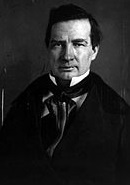
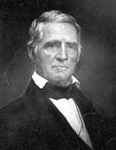




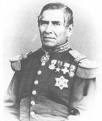

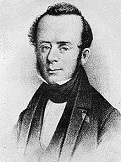

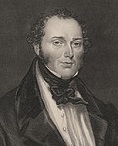



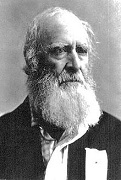






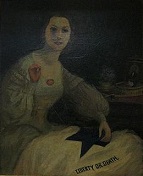



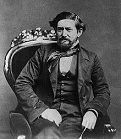

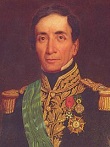






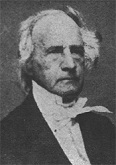

















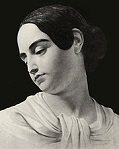
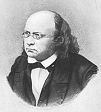
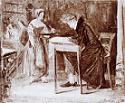


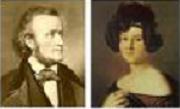
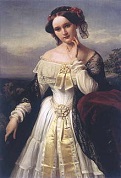

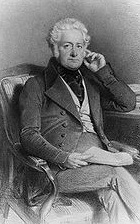


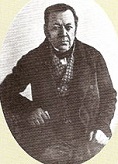


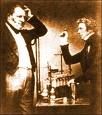
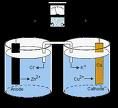
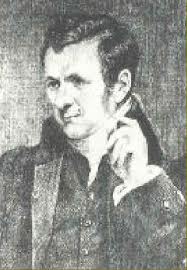
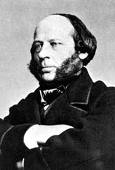

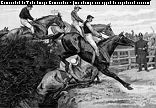

1836 In Rome 4,373 babies are born this year, of which 3,160 are foundlings - it's great to be celibate? On Jan. 16-18 after conquering Legutiano (Villareal de Alava) the Battle of Arlaban (Arlabán) between Alava and Guipuzcoa sees the Liberals under Luis Fernandez de Cordova supported by the British and French driven back by the Carlists with a large number of casualties. In Jan. Charles Darwin (1809-82) encounters his first kangaroo and duck-billed platypus Down Under in Australia; he returns to England from his voyage with a cool collection of specimens from South Am., Australia, the Galapagos, and other Pacific islands, and begins his Journal of Researches in Oct.; stung by the revelations Down Under, "I gradually came to disbelieve in Christianity as a divine revelation." In Jan. Saluda County, S.C.-born lt. col. William Barret "Buck" Travis (b. 1809) leads a small garrison of 30 Texians and U.S. volunteers into the Alamo compound on orders of Provisional Gov. Henry Smith (1788-1851). On Feb. 4 Irish leader Daniel O'Connell (1775-1847) gives his Justice for Ireland Speech in the House of Commons - wake me when it's over? On Feb. 22 French historian Louis-Adolphe Thiers (1797-1877), who started out a radical and turned conservative becomes PM #17 of France (until 1839). In Jan. 1836 Saluda County, S.C.-born lt. col. William Barret "Buck" Travis (b. 1809) leads a small garrison of 30 Texians and U.S. volunteers into the Alamo compound on orders of Provisional Gov. Henry Smith (1788-1851). On Feb. 27 the Battle of San Patricio near San Patricio, Tex. (near the SE coast) is a V for 200 Mexicans under Gen. Jose de Urrea (1797-1849) over 43 Texians under Texian Army co-CIC Francis White "Frank" Johnson (1799-1884), who lose 16 KIA and 24 taken POW, after which Texian Col. James Walker Fannin Jr. (1804-36) is told by survivors that they were all executed, causing him to chuck plans to reinforce the Alamo and secure Presidio La Bahia in Goliad. On Mar. 1-17 after approving the Siete Leyes (Seven Laws), which institute a centralized form of govt. and suspends the 1824 Mexican Constitution, causing civil war to spread across Mexico, with the Repub. of Yucatan, Repub. of the Rio Grande, and Repub. of Texas all scrambling for position, Gen. Antonio Lopez de Santa Anna approaches with an army as 54 delegates of the Convention of 1836, incl. Gen. Sam Houston meet in Washington-on-the-Brazos, Tex. to draw up a constitution; on Mar. 2 (Sam Houston's 43rd birthday) the Repub. of Texas is declared (ends Feb. 19, 1846); Ala. plantation owner Richard Ellis (1781-1846) is elected interim pres., and Lorenzo de Zavala (Manuel Lorenzo Justiniano de Zavala y Sáenz) (1788-1836) interim vice-pres.; meanwhile although Houston orders its Texian defenders to blow it up, the abandoned adobe mission ("nothing but a church... surrounded by poplars" - Houston) called the Alamo (Sp. for poplars) is sieged by 3K-4K Mexican troops led by Gen. Santa Anna, who on Feb. 23 demands surrender, only to be answered with a cannon shot; it is chock-full of 180 colorful gringos, incl. Tenn. frontiersman Davy Crockett (1786-1836) (and his trusty rifle Old Betsy), Col. James Bowie (b. 1796) (bedridden with pneumonia), Penn. surgeon John Purdy Reynolds (b. 1806), N.Y. hatter George C. Kimball (Kimble) (Kimbell) (b. 1803), poet-businessman Micajah Autry (b. 1793) of Tenn., a marksman who is chosen to take Santa Anna out as he walked outside the Alamo wall, and misses; and garrison cmdr. (from S.C.) Lt. Col. William Barret "Buck" Travis (b. 1809), who on Feb. 23 sends local Va.-born resident John William Smith (1792-1845) (mayor #1 of San Antonio in 1837-8) to scout the Mexican Army, and on Feb. 24 he is sent to Gonzales, Tex. with a letter from Travis appealing for aid, returning on Mar. 1; on Mar. 2 (Wed.) (day of the signing of the Tex. Declaration of Independence) local residents John William Smith and S.C.-born Samuel Augustus "Sam" Maverick (1803-70) leave the Alamo carrying a letter from Travis to the Tex. Independence Convention in Washington-on-the-Brazos appealing for aid, arriving on Mar. 5, only to find the convention in recess over the weekend, signing the Texas DOI on Mar. 6 after a special session is convened, too late to prevent the Alamo from falling; on Mar. 3-5 after days of frontal assaults which decimate the completely-surrounded Anglos, Santa Anna sends a letter to Travis demanding surrender or death, and Travis draws a line in the sand with his sword, saying to the men, "Those prepared to give their lives in freedom's cause come over to me", and every man crosses it except Louis (Lewis) "Moses" Rose (1785-1851), who becomes known as "the Coward of the Alamo" and "the Yellow Rose of Texas" (every man that hasn't snuck out yet?); Travis responds to Santa Anna's letter with cannon fire, after which the Mexican army plays the Deguello (Degüello) (Sp. "beheading") bugle call, meaning no quarter to be given; on Mar. 6 (Sun.) (3-6-36) after a 13-day siege, despite fanatical gringo resistance ("Pierce the heart of the enemy as you would a feller that spit in your face, knocked down your wife, burnt up your houses, and called your dog a skunk! Cram his pesky carcass full of thunder and lightning like a stuffed sassidge... nd bite his nose off into the bargain" - Davy Crockett) the Alamo falls on the 3rd assault of the day after the master race defenders run out of ammo and the allegedly inferior but numerically-superior cannon-fodder Mexicans break through the N wall; Santa Anna's English-speaking secy., advisor and interpreter Col. (later Gen.) Juan Nepomuceno Almonte (1803-69) accepts the surrender of the remaining 10-15 Texans, and later helps Santa Anna earn the Texans' goodwill and arranges better surrender terms; Santa Anna heads E for Gonzales; rumors later spread of a cache of gold buried by Col. Bowie in a well; Susanna Wilkerson Dickerson (1814-83) and her baby are the sole adult Anglo survivors, along with about 20 Hispanic women and children and one slave, the rest being put to death and their bodies burned; Mexican losses are 1,544; Davy Crockett pitifully begged for his life?; on Mar. 13 Houston and 188 poorly-equipped men (out of 374 he found on Mar. 6 when the Texians chose him to be their CIC), who set off in early Mar. to save them encounter baby-carrying Dickinson and her servant on the way, hearing her version of the heroic stand, which causes him to begin a series of strategic retreats in despair to E Texas and then to the Gulf Coast, despite grumbles of cowardice from some of his men, and pleas by provisional pres. David Gouverneur Burnet (1788-1870) to fight; meanwhile Burnet moves his govt. to Galveston Island, main port for the Texas navy, and Canadian-born fur trader Michel Branamour Menard (1805-56) buys 4,605 acres on the island for $50K to found the modern Anglo city of Galveston, Tex., which is incorporated in 1839. On Mar. 3 the Nat. Bank of Am. charter expires after Pres. Jackson vetoes its renewal with a speech written by treasury secy. Roger Brooke Taney; anticipating this, state banks expand their discounts, increasing bank circ. from $200M in 1830 to $525M by 1838; there won't be another nat. bank until 1913. On Mar. 15 Roger Brooke Taney (1777-1864) (pr. TAW-nee), pres. Jackson's atty.-gen. (1831-3) and treasury secy. (1833-4) becomes U.S. Supreme Court chief justice #5 and 24th justice of the U.S. Supreme Court (until Oct. 12, 1864), and Philip Pendleton Barbour (1783-1841) of Va. becomes U.S. Supreme Court justice #25 (until Feb. 25, 1841), giving the court six members; Taney becomes the first Roman Catholic justice, causing a big protest; by 2010 the court has no WASP members left, only Roman Catholics and Jews. On Mar. 17 after being appointed by Pres. Sam Houston, Pendleton, S.C.-born Thomas Jefferson Rusk (1803-57) becomes Tex. secy. of war #1, resigning on Nov. 13, 1837 due to domestic problems, going on to become a Tex. rep in 1837-8 and become chmn. of the House Military committee, sponsoring a militia that passes over Houston's veto and being elected its maj. gen.; on Dec. 12, 1838 he is elected chief justice of the Tex. Supreme Court (until June 30, 1840); on Feb. 21, 1846 he becomes a U.S. sen. from Tex. (until July 29, 1857), rising to Senate pres. pro tempore on Mar. 14, 1857. On Mar. 27 the world's first Mormon Temple is dedicated in Kirtland, Ohio., HQ of the Mormon movement in 1831-8 - parking pass for a church? Wanna lose weight while eating the foods you love? On Mar. 27 a detachment of Mexicans under protesting Gen. Jose de Urrea (1797-1849) stage the Massacre of Goliad, massacring 425-445 Texian POWs under orders of Santa Anna, which only makes the Texians madder after 28 escape by faking death; 20 more are spared for medical work after intervention by "Angel of Goliad" Francita Alavez (1816-1906). On Mar. 28 the U.S. signs the Treaty of Washington with the Ottawa and Chippewa, sponsored by Mich. rep. Henry Schoolcraft, ceding 13M acres more to the U.S. On Apr. 3 Moses allegedly appears to Joseph Smith Jr. and Oliver Cowdery in the Kirtland Temple and gives them the "keys of the gathering of Israel from the four parts of the Earth, and the leading of the ten tribes from the land of the north." On Apr. 8 after her first hubby Auguste Charles Eugene de Beauharnais, 2nd Duke of Leuchtenberg (1810-35) (son of Eugene de Beauharnais and grandson of Empress Josephine) dies 2 mo. after the wedding, Maria II of Portugal (b. 1819) marries Prince Ferdinand of Saxony-Coburg-Gotha, who becomes king Ferdinand II (1816-85) (until 1853), and goes on to construct the Romantic Disneyland-like Palacio da Pena summer residence in Sintra in 1842-54, designed by German architect Baron Wilhelm Ludwig von Eschwege (1777-1855). On Apr. 10 the murder of prostitute Helen Jewett ends up exposing the sex industry in New York City after Richard P. Robinson is arrested, put through a high-profile trial and acquitted. On Apr. 11 the city of Newark, N.J on the Passaic River and Newark Bay (modern-day pop. 280K) (incorporated as a town on Oct. 31, 1693) is incorporated as a city, becoming the hub of an industrial center, causing it to be nicknamed "the Brick City". On Apr. 20 Wisconsin Territory (Wisc., Iowa, Minn.) is established by the U.S. Congress, with Henry Dodge (1782-1867) as Dem. gov. #1 on Apr. 30 (until Sept. 13, 1841); the city of Oshkosh on the W shore of Lake Winnebago at the mouth of the Fox River (75 mi. NNW of Milwaukee) (modern-day pop. 66K/160K) is settled about this time, and named in honor of Menominee Indian chief Oshkosh (Ojibwe "claw") in 1840. On Apr. 21 after Maj. Gen. Sam Houston gathers reinforcements, his 900 men, crying "Remember the Alamo! Remember Goliad!", surprise Santa Anna's sleeping (siesta) Mexicans at 4 p.m. at the Battle of San Jacinto on the San Jacinto River near Buffalo Bayou (near modern-day Houston), in a fight which lasts 20 min., and results in Mexican losses of 630 KIA, 208 wounded, 730 taken prisoner vs. Texian losses of 6 (2?) KIA and 13 (30?) wounded; Santa Anna dresses in civies and tries to sneak out, but is captured on Apr. 22, his fine underwear giving him away, not to mention Mexican cries of "El Presidente!" as he is led into camp; he is later rumored to have been preoccupied with mulatto ho Emily West Morgan (Emily of Morgan's Point) (1815-91) in his tent, giving rise to the song The Yellow Rose of Texas (as in high yellow?); Houston is wounded in the right leg, and receives Santa Anna while lying beneath an oak tree, immortalized in the 1890 William Henry Huddle painting Surrender of Santa Anna (housed in the Texas State Capitol in Austin) (Lyndon B. Johnson's great-great-uncle John Wheeler Bunton is shown half-hidden behind a tree trunk); on May 14 after saving him from a lynching, Houston gets Santa Anna to sign the Treaty of Velasco, recognizing Texan independence, with the Rio Grande as the boundary, ending the Texan Rev. (begun 1835), although the Mexican Congress repudiates it; the Lone Star Flag of Tex., designed by Joanna (Johanna) Troutman (1818-79) is first flown over Velasco on Jan. 8; on May 27 Lorenzo de Zavala et al. are appointed by the peace commission to escort Santa Anna back to Mexico City to argue for Texan independence, but the plan is scrapped. On Apr. 23 the U.S. signs a treaty with the Wyandot - did they read the fine print below the dotted line? On May 16 27-y.-o. Edgar Allan Poe (b. 1809) marries his 13-y.-o. first cousin Virginia Eliza Clemm (1822-47), who dies of TB, launching his drunken downhill slide, immortalizing her as Lenore. On May 20 the Irish Constabulary Act reorganizes and extends the central police force - more potato mashers? On June 5 William Grant Broughton (1788-1853) becomes the first and only Anglican bishop of Australia - cheer for the home team, hit a home run? On June 15 "Natural State" Arkansas (Ark.) is admitted as the 25th U.S. (slave) state, and adopts an Arkansas Constitution on Sept. 12; "If I could rest anywhere, it would be in Arkansas, where the men are of the real half-horse, half-alligator breed such as grows nowhere else on the face of the universal earth" (Davy Crockett); in 1881 the legislature passes a resolution that the state's name is to be pronounced like "Arkansaw" not "Arkansas". On June 16 La Presse (conservative), founded by Emile de Girardin (1802-81), and Le Siecle (Siècle) (leftist) (ends 1932), founded by Armand Dutacq launch the cheap press in France - I know you want to hit back, that's the way those things go? On June 23 the U.S. Congress passes the U.S. Deposit (Distribution) Act, distributing the annual surplus of the federal govt. as loans to the states beginning next Jan. 1. In June after Protestant Irish (Cork) MP (since 1832) Feargus Edward O'Connor (1796-1855) is unseated in 1835 for failing to meet property qualifications, pissing him off and causing him to start the Nat. Land Co. (Land Plan), a reform movement to give small landholdings to laoborers, the First Chartist Petition (first pub. in May 1838) is presented to Parliament along with 1.25M signatures, calling for universal male suffrage without a property requirement, salaries for MPs, annual gen. elections and secret ballot, getting the nat. working class Chartist Movement in Britain off to a bang, garnering 1,283K signatures; too bad, they reject it by 235-46, after which many leaders are arrested for calling a gen. strike, and O'Connor gives his Manchester Speech, threatening violence on Sept. 29 if the demands are not met, causing 3K demonstrators led by John Frost (1784-1877) of Blackwood, Caerphilly to march on Newport Prison in Monmouthshire on Nov. 4, hoping to spark a Britain-wide revolt against the govt. and gentry, which the govt. answers by firing on the crowd, killing 24 and wounding 40 - you have no more rights than crap in a toilet in Britain? On July 4 Congress authorizes a new U.S. flag with 25 stars (design #7), which incl. Arkansas - What's that? My Arkansas rat - sick 'em, puss? On July 4 the U.S. Patent Act of 1836 creates the first U.S. Patent Office as a separate org. within the U.S. Dept. of State; while awaiting construction of a new fireproof bldg. for its records, they burn in a fire on Dec. 15 while housed in the Gen. Post Office, and 7K+ patents are permanently lost. On July 11 treasury secy. Roger Brooks Taney's U.S. Specie Circular (Coinage Act) is issued as an executive order by Pres. Jackson, providing that after Aug. 15 the federal govt. will accept only gold and silver in payment for lands, with the exception of actual settlers, who may pay with bank notes; too bad, instead of helping end speculation, it puts all in their hands as they are the only ones who can get their hands on specie, and banks start to call in their loans, avalanching into a panic by next year. On Aug. 11 an article on Mormonism in the Ohio Observer by Truman Coe calls it "one of the most palpable and wide-spreading delusions which this country has ever seen". On Aug. 17 the 1836 British Marriage Act (effective on Jan. 1) introduces civil marriage to Britain, and allows nonconformist ministers to perform them in unconsecrated bldgs; civil weddings for members of the British royal family are made illegal (until 1949); for the first time marriage between a man and his deceased wife's sister is made illegal even though it's not really incest but but but Henry VIII got away with it with Catherine of Aragon then used it as an excuse for a divorce, and it takes until 1907 to repeal that clause; meanwhile those who want to try it begin leaving the country to do it in Norway, Italy et al., and are left alone until the 1861 case of Brook v. Brook decides that since their domiciles are in England that's enough to nix it. On Aug. 26 the town of Houston, Tex. (named after Sam Houston) (modern-day pop. 2.1M/6.3M) is founded on Buffalo Bayou (modern-day Allen's Landing) by Canaseraga Village (modern-day Sullivan), N.Y.-born brothers Augustus Chapman Allen (1806-64) and John Kirby Allen (1810-38) after purchasing 6,642 acres from John Austin's widow Elizabeth E. Parrott for $5K; it becomes the capital of the Repub. of Texas on Nov. 30, and is incorporated next June 5.; meanwhile the Lone Star Repub. drafts a constitution, voting for annexation to the U.S., which balks, fearing a war with Mexico; on Sept. 5 big Anglo hero Sam Houston is elected as pres. #1 of the Repub. of Texas, which is proclaimed on Oct. 1, and he is sworn in on Oct. 22 (until Dec. 10, 1838),; Zavala resigns on Oct. 17; meanwhile the Lone Star Repub. drafts a constitution, voting for annexation to the U.S., which balks, fearing a war with Mexico; on Sept. 5 big Anglo hero Sam Houston is elected as pres. #1 of the Repub. of Texas, which is proclaimed on Oct. 1, and he is sworn in on Oct. 22 (until Dec. 10, 1838),; Zavala resigns on Oct. 17. On Sept. 8 the Transcendental (Hedge) Club is founded in Cambridge, Mass. by Unitarian minister Frederic(k) Henry Hedge (1805-90), meeting in the house of George Ripley (1802-80), and incl. members Ralph Waldo Emerson (1803-82), Amos Bronson Alcott (1799-1888), Sarah Margaret Fuller (1810-50) (teacher at the Temple School in Boston, founded by Alcott in 1834 in a Masonic Temple, which ends up getting closed in 1839 after his eccentric methods and admission of a black student piss the parents off), Theodore Parker (1810-60) et al., all getting turned on by Thomas Carlyle and his fetish for German lit., and rebelling against Puritanism, prefering to dip into vague pantheism, mysticism, idealism, and eclectic orientalism in some kind of undefined effort to perfect themselves, creating funky laid-back new Transcendentalism, which believes in the goodness of man and Nature, and distrusts organized religion, promoting self-reliance. On Sept. 9 Abraham Lincoln (1809-65) receives his law license, and practices law in Springfield, Ill. for the next 20 years (except 1847-9), becoming one of the Long Nine 6-footers (a Whig) who represent Sangamon County, Ill. in the legislature in 1836-7 and help make the county seat of Springfield the state capital. On Oct. 12 after William IV charters it to get around the Canadian govt., Victoria U., Toronto is founded in Toronto, Ont., Canada by the Wesleyan Methodist Church. In Oct. Charles Louis Napoleon Bonaparte (1808-73) (future Napoleon III) secretly returns to France and leads a failed revolt of the Strasbourg garrison, and is banished to New York City (until 1840). On Nov. 3-Dec. 7 after the Nat.-Republican Party of J.Q. Adams, Henry Clay, and Daniel Webster unites with Anti-Masons, Dems. and others alienated by "King Andrew I" and form the Whig Party, and 28 of the 41 Dems. in Congress who had voted to recharter the nat. bank join, the 1836 U.S. Pres. Election sees Martin Van Buren benefit from the deceptively rosy economy (which waits to fall apart until after he takes office) and beat the entire Whig field, receiving 765K popular votes to their 740K, and 170 electoral votes to 73 for Harrison (who supports the use of federal money for internal improvements and the reopening of the Bank of the U.S.), 26 for White, and 14 for Webster (113 total); the first nat. election in which the issue of slavery is important, with Van Buren claiming that Congress has the right to outlaw it in the District of Columbia, but that he personally opposes the move; the Dem. Party of Van Buren, devoted to a small federal govt. that hates banks and tariffs stays intact until at least Pres. Grover Cleveland's admin., when "Great Commoner" William Jennings Bryan wants it have a more active role, starting it on a path leading to FDR's new Deal? In Nov. Russian poet Alexander Pushkin receives a letter naming him to the Most Serene Order of Cuckolds, pissing him off and causing him to seek a duel with the wife-stealer, who turns out to be his brother-in-law Baron Georges-Charles de Heeckeren d'Anthes (d'Anthès) (1812-95) AKA Dantes-Gekkern, a French officer of the Chevalier Guard Regiment who seduced his wife Natalia Nikolayevna Pushkina (Pushkina-Lanskaya) (nee Goncharova) (1812-63), who kills him on Jan. 27, 1837, is imprisoned in Peter and Paul Fortress in St. Petersburg, pardoned by Tsar Nicholas I, and exiled, ending up in France, where he becomes a senator in the Nat. Constituent Assembly in 1852-70; in 1844 Natalia marries Maj.-Gen. Petr Petrovich Lanskoy (1799-1877). On Dec. 28 the Seminoles under their half-English half-Creek leader Osceola (1804-38) massacre U.S. troops under Maj. Dade, starting the Second Seminole War (ends 1842). On Dec. 28 the city Adelaide on the SE coast of South Australia on the Torrens River between Gulf St. Vincent and the Mount Lofty Ranges (modern-day pop. 1.3M) is founded, named after William IV's consort Queen Adelaide; the original pop. of 1K Kaurna (pr. GAR-ner) aborigines lose their way of life within 20 years, and the last surviving full-blood woman named Ivaritji dies in 1931. The U.S. wheat crop fails this year, adding more pressure on the teetering economy; the federal govt. loses $9M in pet banks which close. Mo. Sen. Thomas Hart Benton (1782-1858), who served under Pres. Jackson in the War of 1812 leads a successful movement to have the 1834 censure vote against him expunged from the record, despite speeches by Senate giants Clay, Calhoun and Webster; Jackson calls this the "crowning mercy" of his political life; John Tyler resigns from the U.S. Senate rather than follow instructions from the Va. legislature to vote to expunge Jackson's censure. The first gag rules in the land of free speech? Tired of the flood of antislavery petitions, many from pesky women, the U.S. Congress passes Gag Rules (effective Dec. 4, 1837), the Senate deciding to receive but automatically reject them, and the House deciding to receive but automatically table them; in 1840 the House decides not to receive them at all; after years of efforts by U.S. Rep. (formerly Pres.) J.Q. Adams, Northern Democrats and Northern Whigs end gag rules in 1844. Charleston, S.C.-born Bernard Elliot Bee Sr. (1787-1853) moves to Houston, Tex. and takes part in the Texas Rev., serving as Tex. treasury secy. in 1836, war secy. in 1837-8, and secy. of state in 1839, followed by ambassador to the U.S. in 1980-1, negotiating the treaty recognizing the Texas Repub. and going on to oppose annexation before returning to Charleston, leaving sons sons Hamilton Prioleau Bee (1822-97) and Barnard Elliott Bee Jr. (1824-61), who become U.S. Civil War Confed. gens.; Barnard Bee Jr. becomes one of the first generals KIA in the Civil War after coining the nickname "Stonewall" for Confed. Gen. Thomas J. Jackson; Beeville, Tex.. is later named in papa Bee's honor. After a recommendation from his great-uncle Andrew Jackson, Wilson County, Tenn.-born John Coffee "Jack" Hays (1817-83) is appointed to the Texas Rangers by Sam Houston as a capt., going on to lead a campaign against the Comanche in Tex. alongside Apache Chief Flacco, culminating in the Battle of Plum Creek near Lockhart, Tex. on Aug. 12, 1840. The U.S. Navy appoints the first-ever engineer, followed by the British Navy next year; in 1843 the U.S. Engineer Corps is officially organized. Idaho (Id.) is settled by Presbyterian missionary Henry Harmon Spalding (1830-74) and his wife Eliza Hart Spalding (1807-51), who establish a Nez Perce mission at Lapwai, going on to try to prove that the stone age suckers can feed themselves as good as whites by planting the first lily-white spuds, er, potatoes in Idaho. Peruvian pres. #12 (1834-5) Luis Jose de Orbegoso y Moncada-Galindo, de Burutaran y Morales (1795-1847) and Bolivian pres. #7 (1829-39) Marshal Andres de Santa Cruz y Calahumana (1792-1865) create the Peruvian-Bolivian Confederation, but Santa Cruz is overthrown in 1839 and the confederation disbanded. A revolt in newly independent Uruguay between the Blancos under current pres. (1835-8) Manuel Ceferino Oribe y Viana (1792-1857) and the Colorados under first pres. Jose Fructuoso Rivera breaks out, touching off nearly 50 years of factional strife with occasional armed intervention from Argentina (for the Blancos) and Brazil (for the Colorados). Afghani ruler Dost Mohammed assumes the title of amir (emir) al-mu'minin (cmdr. of the faithful) and declares jihad against the Sikhs, then unsuccessfully attempts to recapture Peshawar. A courthouse is erected in Dahlonega, Ga. in N Ga. to handle the many mine claims caused by the gold rush; meanwhile regional railroad hub Terminus is founded, later being renamed Marthasville and then Atlanta, Ga. Samuel F.B. Morse runs for mayor of New York on the Native Am. (Know Nothing) Party ticket after writing two books claiming that U.S. Roman Catholicism is a plot of foreign monarchs to undermine liberty. The city of Dearborn, Mich. is founded, named ater Am. Rev. War gen. and war secy. (under Pres. Jefferson) Henry Dearborn (1751-1829), later becoming the site for the Ford Motor Co. Tulsa, Okla. is founded in Indian Territory near the Arkansas River by the Lochapoka and Creeks under the Creek Council Oak Tree (Cheyenne and 18th St.) after Chief Tukabahchi is reminded of their old tree in Talisi, Ala., naming the settlement Tallasi (Creek "old town"); more members of the Five Civilized Tribes later settle there, incl. the Cherokee and Osage; it is officially incorporated on Jan. 18, 1898. The trading post later known as Ft. Laramie comes into the possession of the Am. Fur Co. Manchester, Conn. (9 mi. E of Hartford) begins manufacturing silk products, causing the price of mulberry saplings to shoot up from $4 to $30 per hundred. The British introduce tea to India. The U.S. Mint begins issuing the Seated Liberty Dime (until 1891), becoming the first official U.S. dime. A visitor to Lowell, Mass. deplores working conditions in factories. The Patent Arms Manuf. Co. is founded in Paterson, N.J. by Samuel Colt (his first factory) to manufacture revolvers and rifles. Pres. Jackson appoints Robert Mills (1781-1855) as official U.S. architect (until 1851), going on to design Classic Revival bldgs. incl. the Treasury Bldg. (1836), Patent Office Bldg. (1836), Gen. Post Office (1839), and Washington Monument (1848). Williston, Vt.-born Rev. Miron Winslow (1789-1864) sets up a Protestant mission in Madras, India. The great U.S. Drew-Barrymore acting dynasty begins with Clark Kent and Lois Lane in Philly? Child prodigy actress Louisa Lane (1820-97) performs Lady Macbeth at age 16 before marrying Irish actor John Drew (1827-62), managing the Arch Street Theater in Philadelphia, Penn., and having children John Drew Jr. (1853-1927) (Petruchio in "The Taming of the Shrew") and comic actress Georgiana Drew (1856-1893), who in 1876 marries English-born supporting actor Maurice Barrymore, founding the Drew-Barrymore Acting Dynasty. John Brinsmead (1814-98) begins making pianos in London. Plattdeutsch (Low German) revivalist Fritz Reuter (1810-74), a member of the liberal Burschenschaft club is sentenced to death for high treason, but the sentence is commuted to 30 years in a Prussian fortress - things aren't doing well, I want to be free? This is Fritz, Fritz is doing well, very well indeed? Russian writer Nikolai Gogol moves to Rome (until 1848), where he works on his opus "Dead Souls". Austrian ballerina Fanny Elssler (Parisian rival of Marie Taglioni) first dances the Spanish cachucha castanet dance, causing a sensation. A dance known as "The Lancers" becomes the rage in Europe. Super-sensitive precious Danish religious genius Soren Kierkegaard (1813-65), who had a fall from a tree as a boy that messes up his health attends a wedding party for Peter Kierkegaard, where Hans Brochner describes the dude: "He had something quite irregular in his entire form and had a strange coiffure. His hair rose almost six inches above his forehead into a tousled crest that gave him a strange bewildered look"; too bad, next year he meets beautiful babe Regine Olsen (1822-1904), proposes to her in 1840, then suddenly breaks it off in 1841 because of his belief that he is too "melancholy" for her, after which she marries some civil servant and they never speak again - never say cake again? After a stormy courtship, German composer Richard Wagner (b. 1813) marries his first wife, actress Christine Wilhelmine "Minna" Planer (1809-66) in Magdeburg; in 1857 after he begins an affair with younger babe, German poet Mathilde Wesendronck (Agnes Mathilde Luckemeyer) (1828-1902). Congregationalist minister Mark Hopkins (1802-87) becomes pres. of Williams College in Mass (until 1872), turning it into a top center for foreign missionary training. Emory U. (originally Emory College), named after Methodist Episcopal bishop John Emory (1789-1835) is founded in the new town of Oxford, Ga., relocating to Atlanta, Ga. in 1915 after a land grant by Coca-Cola Co. founder Asa Griggs Candler, causing it to become known as the Coca-Cola U. The Du Buque Visitor, the first newspaper in Iowa begins pub. on May 11. English publisher Richard Bentley (1794-18710 begins pub. the lit. mag. Bentley's Miscellany (until 1868), with Charles Dickens as ed. (until 1839), then William Harrison Ainworth (until 1842); going on to pub. stories by Charles Dickens (1812-70) (incl. "Oliver Twist"), Wilkie Collins (1824-89), Thomas Moore (1779-1852), Thomas Love Peacock (1785-1866), and Mrs. Henry Wood, plus the cartoons of John Leech; it also features The Ingoldsby Legends by Rev. Richard Harris Barham (1788-1845). Confiserie Sprungli (Sprüngli) In 1836 Confiserie Sprungli (Sprüngli) (originally David Sprungli & Son) is founded in Zurich, Switzerland by David Sprungli-Schwarz (David Sprüngli-Schwarz) and his son Rudolf Sprungli-Ammann (Sprüngli-Ammann) to produce chocolates; in 1845 they move to the fashionable Paradeplatz; in 1892 Rudolf retires, and the business is split, with elder brother Johann Rudolf receiving the chocolate business under the name Chocolat Sprungli, and younger brother David Robert receiving the confectionery stores; in 1899 the Lindt chocolate factory in Bern is acquired for 1.5M gold francs, founding Lindt & Sprungli (Lindt & Sprüngli); in 1949 Lindt introduces the Lindor truffle ball; in 1952 it introduces the Lindt Gold Bunny hollow milk chocolate rabbit; in 1994 it acquires Austrian chocolate co. Hofbauer Osterreich, makers of the Kufferle (Küfferle) brand; in 1997 it acquires Caffarei of Italy, followed in 1998 by Ghirardelli of the U.S. Sports: On Feb. 23 the first 4 mi. 4 furlong Grand Nat. Horserace is run at Aintree Racecourse in Liverpool, England, and is won by The Duke this year and next, followed by Sir William in 1838 (The Duke was 3rd); there are 16 fences in the course, of which all except the Chair and the Water Jump are jumped twice; the 6th jump known as Beecher's Brook becomes infamous for injuries and fatalities to horses. On July 11-2 the first North v. South Cricket Match is played in Lord's Ground in St. John's Wood, London, ending up as the showcase for the top 22 players in England. The Waterloo Cup is founded by the Nat. Coursing Club for its annual coursing meet on the Altcar Course near Liverpool, where greyhounds chase hares by sight. Architecture: On July 29 the 164' x 148' x 72' (50m x 45m x 22m) Arc de Triomphe (commissioned by Napoleon on Aug. 15, 1806 after the V at the Battle of Austerlitz) on the right bank of the Seine River in Paris is completed at the center of a duodecagonal configuration of 12 radiating avenues. On Dec. 14 neo-classical St. James's Theatre at King St. and Duke St. in St. James's, London, England (cap. 1,200) opens, with a Louis XIV style interior; in 1840-1 it changes its name to Prince's Theatre; it closes on July 27, 1957. Inventions: Bearnaise (Béarnaise) Sauce, consisting of egg yolk and butter flavored with shallots, chervil, and tarragon vinegar, and served on steak is invented by Chef Collinet (inventor of puffed potatoes), and first served at the opening of Le Pavillon Henri IV Restaurant in Saint-Germain-en-Laye near Paris; named after the Bearn region of SW France, where gourmet Henry IV was born; Hollandaise sauce substitutes lemon juice for the tarragon vinegar. Swedish-born Am. inventor John Ericsson (1803-89) patents a screw propeller, which is first used on the London-built SS Francis B. Ogden in 1837. H. Hoare and J. Hascall invent the Combine Harvester. Alonzo Dwight Phillips of Springfield, Mass. on Oct. 24 patents the white phosphorus loco foco or lucifer, the Friction Match, which can be struck on any rough surface, made by hand from chalk, glue, phosphorus, and sulfur; by the 1860s 1M matches a day are being manufactured. English physicist William Sturgeon invents a galvanometer. Science: English astronomer Francis Baily (1774-1844) first observes Baily's Beads during an annual solar eclipse on May 15 in Inch Bonney, Roxburghshire. English scientist John Frederic Daniell (1790-1845) develops the Daniell Cell (AKA Gravity Cell, Crowfoot Dell), a voltaic cell that cures the polarization problem of the Voltaic Pile by isolating the copper and zinc ions from each other with a semipermeable membrane, allowing longer operation. English chemist (in Ireland) Edmund Davey (1785-1857) discovers acetylene gas, recognizing its value as an illuminating gas; too bad, it is forgotten until Marcellin Berthelot rediscovers it in 1860 after a zillion whales are butchered for their lousy tallow. Edward Hitchcock pub. an article about fossil footprints in the Conn. River Valley. Czech physiologist Jan Evangelista Purkinje notes the protein-digesting ability of pancreatic extracts. French physician Etienne (Étienne) Geoffroy Saint-Hilaire (1772-1844) coins the term "phocomelia" for the disorder involving malformation or absence of limbs. German naturalist Karl Friedrich Schimper (1803-67), known for proposing his scientific ideas in poetic form and never getting an academic appointment begins researches into the Pleistocene Epoch - the first beatnik scientist? English physicist William Henry Fox Talbot (1800-77) discovers Talbot's Carpet, an interference pattern created when light passes through a series of parallel slits; in 2013 Martin McCall et al. of Imperial College London use it to create a way to cloak info. in data streams. New York State sponsors a natural history survey (ends 1842), which establishes U.S. geologists as a force; Maine sponsors a geologic survey (ends 1844). Nonfiction: Anon., Awful Disclosures of Maria Monk as Exhibited in a Narrative of Her Suffering During a Residence of Five Years as a Novice and Two Years as a Black Nun in the Hotel Dieu Nunnery at Montreal; anti-Catholic hoax bestseller (300K copies by 1860). Jean-Francois Champollion (1790-1832), Egyptian Grammar (1836-41) (posth.). Rosamond Culbertson, Rosamond; or, A Narrative of the Captivity and Sufferings of an American Female under the Popish Priests in the Island of Cuba, with a Full Disclosure of Their Manners and Customs, Written by Herself (autobio.); a Roman Catholic nun runs away from her convent; bestseller. Johann Gustav Droysen (1808-84), History of Greece (1836-43). Johann Peter Eckermann (1792-1854), Conversations with Goethe (Gesprache mit Goethe) (3 vols.) (1836-48). Ralph Waldo Emerson (1803-82), Nature (Boston). John Forster (1812-76), Lives of the Statesmen of the Commonwealth (1836-9). Albert Gallatin (1761-1849), Synopsis of the Indian Tribes within the United States, East of the Rocky Mountains, and in the British and Russian Possessions of North America. Johann Joseph von Gorres (1776-1848), Christian Mysticism (4 vols.) (1836-42). Heinrich Heine (1797-1856), Die Romantische Schule. Godfrey Higgins (1772-1833), Anacalypsis, An Attempt to Draw Aside the Veil of the Saitic Isis, or An Inquiry Into the Origin of Languages, Nations and Religions (2 vols.) (London) (posth.); his magnum opus; anacalypsis = opposite of apocalypse; unfinished work on the history of religion that claims that the Druids and Jews originated in India, and that Abraham is really Brahma, and that there is a secret "pandeist" global movement. Edward William Lane (1801-76), Manners and Customs of the Modern Egyptians; becomes the std. work. William Holmes McGuffey (1800-73), McGuffey Reader. Augustus De Morgan (1806-71), An Explanation of the Gnomic Projection of the Sphere. Frantisek Palacky (1798-1876), The History of the Bohemian People (5 vols.) (1836-67); covers up to 1526. James Kirke Paulding (1778-1860), View of Slavery in the United States. Constantine S. Rafinesque, The Walum Olum, or Red Score; pub. in Am. Nations mag. by a prof. at Transylvania U. in Lexington, Ky.; an alleged trans. of an ancient history of the Delaware Indians derived from a collection of sticks, describing the crossing of the Bering Strait land bridge. Arthur Schopenhauer (1788-1860), On the Will in Nature (Uber den Willen in der Natur). Richard Penn Smith, Col. Crockett's Exploits and Adventures in Texas, Written by Himself; fake bio. by a newspaper editor that took 24 hours to write. Philip Stanhope, 5th earl Stanhope (1805-75), History of England from the Peace of Utrecht to the Peace of Versailles, 1713-1783 (7 vols.) (1836-53). Music: Adolphe Charles Adam (1803-56), Le Postillon de Lonjumeau (opera) (Opera Comique, Paris). Daniel Auber (1782-1871), L'Ambassadrice (opera) (Opera Comique, Paris). Luigi Cherubini (1760-1842), Requiem in D minor; uses a male choir only after religious ashholes diss his use of females; composes it to be performed at his own funeral. Mikhail Glinka (1804-57), A Life for the Tsar (first Russian opera) (Bolshoi Theatre, St. Petersburg) (Nov. 29); patriot Ivan Susanin fights to expel the Poles for Romanov tsar #1 Michael. Heinrich Marschner (1795-1861), Das Schloss am Atna (opera). Felix Mendelssohn (1809-47), St. Paul (oratorio) (Dusseldorf). Giacomo Meyerbeer (1791-1864), Les Huguenots (opera) (Paris Opera) (Feb.29); libretto by Eugene Scribe and Emile Deschamps; first opera to be performed at the Paris Opera more than 1000x (May 16, 1906); stars Adolphe Nourrit and Cornelie Falcon (as Marguerite de Valis), whose voice fails next Apr.; incl. O Beau Pays. Art: Thomas Cole (1801-48), Destruction. Jean-Baptiste-Camille Corot (1796-1875), Diana Surprised by Actaeon. Pierre Etienne Rousseau (1812-67), La Descent des Vaches (Descent of the Cattle); rejected as junk for the trunk by the Salon, although they like his works of 1831 and 1834, causing years of artistic exile (until 1848) - neither you nor any of your dumb little buddies should attempt any of what you're about to hear? Francois Rude, La Marseillaise (relief sculpture on the Arc de Triomphe). Plays: Casimir Delavigne (1793-1843), Une Famille au Temps du Luther. Alexandre Dumas pere (1802-70), Don Juan de Marana. Nikolai Gogol (1809-52), The Inspector General (The Government Inspector); the greatest Russian (and European) play?; about Klestakhov, who arrives in a small town, is mistaken for a you know what, and offered bribes by local officials to overlook their misconduct? Poetry: Oliver Wendell Holmes Sr. (1809-94), Poems. Count Zygmunt Krasinski (1812-59), Irydion. Alphonse de Lamartine (1790-1869), Jocelyn. Nikolaus Lenau (1805-50), Faust; writes it after spending 1832-3 in New Harmony, Ind. and getting sick of their "Englisches Talergelispel" (eternal lisping of dollars). Karel Hynek Macha (1810-36), Maj (May) (epic poem); classic of Czech Romanticism. Novels: Thomas Carlyle (1795-1881), Sartor Resartus: The Life and Opinions of Herr Teufelsdrockh; written in 1831 and first pub. in Fraser's Mag. in 1833-4; contains his "philosophy of clothes", comments on human society and life in gen., and a semi-autobio. philosophical romance. Charles Dickens (1812-70), Posthumous Papers of the Pickwick Club (The Pickwick Papers) (serialized in 1837); begins as lit. commentary for humorous drawings by Robert Seymour at Chapman and Hall, bringing him instant fame and going internat., with 400K copies/mo. sold; Mr. Samuel Pickwick, pres. of the Pickwick Club, happy-go-lucky medical students Bob Sawyer and Ben Allen. Theodore Edward Hook (1788-1841), Gilbert Gurney. Karl Immermann (1796-1840), Die Epigonen (3 vols.). Frederick Marryat (1792-1848), Mr. Midshipman Easy; autobio. novel by a retired British navy capt. Alfred de Musset (1810-57), The Confession of a Child of the Century (La Confession d'un Enfant du Siècle), an autobio. novel about his 1833-5 love affair with George Sand, filmed in 1999 as "Children of the Century" and in 2012 as "Confession of a Child of the Century". Alexander Pushkin (1799-1837), The Captain's Daughter; about Pugachev's Rebellion of 1773-5. Frances Trollope (1780-1863), The Adventures of Jonathan Jefferson Whitlaw. Births: French realist painter Ignace Henri Jean Theodore Fantin-Latour (d. 1904) on Jan. 14 in Grenoble; known for his flower paintings and group paintings of Parisian artists and writers. his portrait bears a striking resemblance to Hollywood actor Brad Pitt (1963-)? Sicilian Bourbon king #5 (last) (1859-60) Francis II (d. 1894) on Jan. 16 in Naples; son of Ferdinand II (1810-59). Austrian "Venus in Furs" novelist Leopold Ritter von Sacher-Masoch (d. 1895) on Jan. 27 in Lemberg, Galicia (Lviv, Ukraine); great-great-uncle to Marianne Faithfull (1946-); signs a 6-mo. contract with mistress Fanny Pistor in Dec. 8 to be her sex slave; husband (1873-?) of Aurora von Romelin, who doesn't go for the fur thing, causing him to leave her for his asst.; the term "masochism" is coined from his name by sexologist Richard von Krafft-Ebing in 1886. Spanish Romantic poet Gustavo Adolfo Becquer (Bécquer) (d. 1870) on Feb. 17 in Seville. Indian Hindu guru-saint Sri Ramakrishna Paramhamsa (Gadadhar Chattopadhyay) (d. 1886) on Feb. 20 in Kamarpukur, Bengal; teacher of Swami Vivekananda (1863-1902). Am. "Breezing Up" artist Winslow Homer (d. 1910) on Feb. 24 in Boston, Mass. Am. Symbolist painter Elihu Vedder (d. 1923) on Feb. 26 in New York City. U.S. Supreme Court justice #52 (1890-1906) Henry Billings Brown (d. 1913) on Mar. 2 in South Lee, Mass.; educated at Yale U.; classmate of David Josiah Brewer, who calls him Henrietta. Am. Civil War Union gen. and U.S. state secy. #32 (1892-3) John Watson Foster (d. 1917) on Mar. 2 in Petersburg, Ind.; grows up in Evansville, Ind.; educated at Indiana U., and Harvard U. English journalist and household engineer Mrs. Beeton (Isabella Mary Beeton) (nee Mayson) (d. 1865) on Mar. 12 in Cheapside, London; wife of mag. ed. Samuel Orcher Beeton. French painter Jules Joseph Lefebvre (d. 1911) on Mar. 14 in Seine-et-Marne. English "Israel in Egypt" painter Sir Edward John Poynter, 1st Baronet (d. 1919) on Mar. 20 in Paris; educated at Ipswich School and Brighton College; knighted in 1896; created baronet in 1902. Am. Pabst Brewing Co. founder Johann Gottlieb Friedrich "Frederick" Pabst (d. 1904) on Mar. 28 in Nikolausrieth, Saxony, Prussia, Germany; emigrates to the U.S. in 1848. Am. music lover (founder of the Juilliard School of Music) Augustus D. Juilliard (d. 1919) on Apr. 19; born at sea en route from France; French Huguenot immigrant parents from Burgundy. Am. historian-atty. John Codman Ropes (d. 1899) on Apr. 28 in St. Petersburg, Russia; educated at Harvard U. Am. Wichita, Kan. co-founder James R. Mead (d. 1910) on May 3 in New Haven, Vt. Am. Repub. politician (in Ill.) and U.S. House Speaker (1903-11) (Quaker) Joseph Gurney "Uncle Joe" Cannon (d. 1926) on May 7 in Guilford County, N.C. Am. world chess champ #1 (1886-94) (Jewish) William (Wilhelm) Steinitz (d. 1900) on May 17 in Prague, Bohemia; emigrates to the U.S. in 1883; founder of the positional style of play. English chocolatier-philanthropist (Quaker) Joseph Rowntree (d. 1925) on May 24 in York; brother of Henry Isaac Rowntree (1837-83); father of Benjamin Seebohm Rowntree (1871-1954). English feminist physician Elizabeth Garrett Anderson on June 9 in Aldeburgh, Suffolk; sister of Millicent Fawcett (1847-1929); first licensed female physician in Britain (1865), first female member of the British Medical Assoc. (1873), and first female mayor in England (1908). U.S. Repub. treasury secy. #42 (1897-1902) Lyman Judson Gage (d. 1927) on June 28 in DeRuyter, N.Y. British #1 statesman Joseph Chamberlain (d. 1914) on July 8 in Camberwell, London; father of Sir Austen Chamberlain (1863-1937); starts out at the far left of the Liberal Party and moves to the extreme right of the Conservative Party. Polish banker (Jewish convert to Calvinism) Jan Gotlib (Bogumil) (Ivan Sanislavovich) Bloch (d. 1902) on July 24 in Radom; educated at the U. of Berlin. Am. #1 dentist ("Father of Operative Dentistry") Greene Vardiman "G.V." Black (d. 1915) on Aug. 3 in Winchester, Ill. - who wants to bring his bad teeth to a greene black? English "Dorothy Forster" novelist-historian (Freemason) Sir Walter Besant (d. 1901) on Aug. 14 in Portsmouth; educated at King's College, London and Christ's College, Cambridge U.; collaborator of James Rice (1843-82). Am. "Spirit of '76" painter Archibald MacNeal Willard (d. 1918) on Aug. 22 in Bedford, Ohio. Am. "Luck of Roaring Camp", "Outcasts of Poker Flat" writer-poet Francis Bret Harte (d. 1902) on Aug. 25 in Albany, N.Y.; moves to Calif. in 1854. British Liberal statesman and PM (1905-8) Sir Henry "CB" Campbell-Bannerman (d. 1908) on Sept. 7 in Glasgow; son of Sir James Campbell of Stracathro, Forfarshire; educated at the U. of Glasgow, and Trinity College, Cambridge U.; first fird lord of the treasury to be officially called prime minister; first person to hold the positions of PM and father of the house (until ?). Am. railroad financier ("King of the Robber Barons") (Jewish) (agnostic) Jason "Jay" Gould (d. 1892) on Sept. 10 in Roxbury, Queens, N.Y.; partner of Jim Fisk and Daniel Drew; educated at Hobart College. Am. "The Hasheesh Eater" journalist-explorer Fitz Hugh (Fitzhugh) Ludlow (d. 1870) on Sept. 11 in New York City; educated at Princeton U., and Union College. Am. Civil War Union brig. gen. William Jackson Palmer (d. 1909) on Sept. 18 in Leipsic, Del. French feminister writer Juliette Adam (Lambert) (d. 1936) on Oct. 4 in Verberie, Oise. South African Boer gen. Piet Arnoldus Cronje (d. 1911) on Oct. 4 in Transvaal. French "Lilacs" painter James (Jacques Joseph) Tissot (d. 1902) on Oct. 15 in Nantes. Welsh "Rhys Lewis" novelist Daniel Owen (d. 1895) on Oct. 20 in Mold, Flintshire. Am. "Harp of the Winds" landscape painter Homer Dodge Martin (d. 1897) on Oct. 28 in Albany, N.Y.; pupil of James MacDougal Hart. Am. cash register inventor James Jacob Ritty (d. 1918) on Oct. 29 in Dayton, Ohio. U.S. Sen. (R-Ala.) (1868-79) Gen. George Eliphaz Spencer (d. 1893) on Nov. 1 in Champion, N.Y.; founder of Breckenridge, Colo. Am. "The Epicurean" chef Charles Ranhofer (d. 1899) on Nov. 7 in St.-Denis, France; emigrates to the U.S. in 1856; head chef of Delmonico's in New York City (1862-76, 1879-96); first internationally known chef from a U.S. establishment; names a new lobster dish after a sea captain named Ben Wenberg, but gets pissed-off at him and changes the name to Lobster Newberg. Am. game inventor Milton Bradley (d. 1911) on Nov. 8 in Vienna, Maine; grows up in Lowell, Mass. Am. "Story of a Bad Boy" poet-novelist-ed. Thomas Bailey Aldrich (OE "old leader") (d. 1907) on Nov. 11 in Portsmouth, N.H.; ed. of Atlantic Monthly (1881-90). Hawaiian king #7 (penultimate) (last male monarch) ("the Merrie Monarch") Kalakaua I (David La'amea Kamananakapu Mahinulani Naloiaehuokalani Lumialani Kalakaua) (d. 1891) on Nov. 16 in Honolulu; brother of Liliuokalani. English "H.M.S. Pinafor", "The Pirates of Penzance", "The Mikado" playwright-librettist-satirist (Freemason) Sir William Schwenck Gilbert (d. 1911) on Nov. 18 in London; knighted in 1907 collaborator of light opera composer Sir Arthur Seymour Sullivan (1842-1900). Chinese adm. Ding Ruchang (Ting Ju-ch'ang) (d. 1895) on Nov. 18; starts as a cavlary cmdr. until the Battle of the Yalu River in 1894. English dramatist Sir Francis Cowley Burnand (d. 1917) on Nov. 29; ed. of "Punch"; educated at Eton, and Trinity College, Cambridge U.; knighted in 1902. Italian ocarina inventor Giuseppe Donati (d. 1925) on Dec. 2 in Budrio. German "Richard Wagner" portraitist Franz von Lenbach (d. 1904) on Dec. 13 in Schrobenhausen, Bavaria; paints Bismarck 100+ times? German surgeon (founder of aseptic surgery) Ernst Gustav Benjamin von Bergmann (d. 1907) on Dec. 16 in Riga, Latvia. Swiss psychiatrist Johann Gottlieb Burckhardt (d. 1907) on Dec. 24 in Basel. German botanist-explorer Georg August Schweinfurth (d. 1925) on Dec. 29 in Riga (Latvia); first Euro to discover African pygmies. Paraguayan pres. #4 (1870-1) Cirilo Antonio Rivarola Acosta (d. 1878). French "Bell Song" composer-organist Clement Philibert Leo Delibes (d. 1891) in St. German du Val (near Le Mans). English artist John Atkinson Grimshaw (d. 1893). Am. prospector (founder of Juneau, Alaska) Joseph "Joe" Juneau (d. 1899); cousin of Solomon Laurent Juneau (1793-1856). Am. humorist Orpheus C. Kerr (Robert H. Newell) (d. 1901). English architect and furniture designer Charles Locke Eastlake (d. 1906); not to be confused with English painter Charles Lock Eastlake (1793-1865). U.S. Civil War Confed. gen. Joseph Wheeler (d. 1906) near Augusta, Ga. British writer Annie Louisa Walker (d. 1907). English social reformer (Kyrle Society founder) Miranda Hill (d. 1910); sister of Octavia Hill (1838-1912); granddaughter of Thomas Southwood Smith (1788-1861). English painter Sir Lawrence Alma-Tadema (d. 1912) in Dronrijp, Netherlands; educated at the Academy of Antwerp; emigrtes to England in 1869; knighted in 1899; known for great marble textures. English mountaineer (first woman to summit the Matterhorn) Lucy Walker (d. 1916) in Canada; grows up in Liverpool. Swiss chocolatier (inventor of milk chocolate) Daniel Peter (d. 1919). English solar astronomer Sir Joseph Norman Lockyer (d. 1920) in Rugby; knighted in 1897; co-discoverer of helium with Sir Edward Frankland. Deaths: French clergyman Comte Emmanuel Joseph Sieyes (b. 1748). English Orientalist Sir Charles Wilkins (b. 1749) on May 13 in London. U.S. pres. #4 (1809-17) James Madison (b. 1751) on June 28 in Montpelier, Va.; last Am. Founding Father to die: "If men were angels, no government would be necessary"; "I believe there are more instances of the abridgment of the freedom of the people by gradual and silent encroachments of those in power than by violent and sudden usurpations"; "Religious bondage shackles and debilitates the mind"; "A popular government without popular information or the means of acquiring it is but a prologue to a farce or tragedy or perhaps both"; "Knowledge will forever govern ignorance, and a people who mean to be their own governors must arm themselves with the power knowledge gives"; "A government that does not trust its law-abiding citizens to keep and bear arms is itself unworthy of trust." "Who does not see that the same authority which can establish Christianity, in exclusion of all other religions, may establish with the same ease any particular sect of Christians, in exclusion of all other sects?" Am. flagmaker Betsy Ross (b. 1752) on Jan. 30 in Philadelphia, Penn. Austrian composer Johann Schenk (b. 1753) on Dec. 9 in Vienna. Am. politician ("the Rascal of the West") Aaron Burr (b. 1756) on Sept. 14 in a hotel in Port Richmond, Staten Island, N.Y.; "[He had] genius enough to have made him immortal, and unschooled passion enough to have made him infamous." (Woodrow Wilson) English political philosopher ("Apostle of Universal Benevolence") William Godwin (b. 1756). Scottish road engineer John Loudon McAdam (b. 1756) on Nov. 26 in Moffatt. French king (1824-30) Charles X (b. 1757) on Nov. 6 in Gorz, Austria (modern-day Italy) (smallpox). French painter Carle Vernet (b. 1758). Am. atty. William Rawle (b. 1759) on Apr. 12; "The prohibition is general. No clause in the Constitution could by any rule of construction be conceived to give to Congress a power to disarm the people. Such a flagitious attempt could only be made under some general pretense by a state legislature. But if in any blind pursuit of inordinate power, either should attempt it, this amendment may be appealed to as a restraint on both." French "Marseillaise" composer Claude Joseph Rouget de Lisle (b. 1760) on June 26 in Choisy-le-Roi, Seine-et-Oise. English dramatist George Colman the Younger (b. 1762) on Oct. 17 in Brompton, London. German physician Christoph Wilhelm Hufeland (b. 1762) on Aug. 25. Korean scholar Chong Yag-yong (b. 1762); leaves encyclopedic writings on agriculture, economics, and politics. English-born Canadian brewer John Molson (b. 1763) on Jan. 11 in Ste-Marguerite, Quebec. French printer-dramatist Firmin Didot (b. 1764) on Apr. 24 in Paris. Am. statesman Edward Livingston (b. 1764) on May 23 in Rhinebeck, N.Y.; namesake of Livingston, Gutemala et al. English boxing champ Daniel Mendoza (b. 1764) on Sept. 3; dies in poverty. Italian painter Francesco Alberi (b. 1765) on Jan. 24 in Bologna. French mathematician Pierre-Simon Girard (b. 1765) on Nov. 30 in Paris. Am. Va. gov. #22 (1822-25) James Pleasants Jr. (b. 1769) on Nov. 9 in Goochland County, Va. U.S. First Lady (1801-9) Martha Jefferson Randolph (b. 1772) on Oct. 10 in Albemarle County, Va. Scottish philosopher James Mill (b. 1773) on June 23 in Kensington, London. French scientist Andre-Marie Ampere (b. 1775) on June 10 in Marseille. German-born English banker Nathan Mayer Rothschild (b. 1777) on July 28. German Prussian celeb Marie von Bruhl (b. 1779) on Jan. 28. English military engineer John By (b. 1779) on Feb. 1 in Frant, East Sussex. Swaziland king (1815-36) Sobhuza I (b. 1780); his wife Lojiba Simelande rules as regent until 1840. Am. frontiersman politician Davy Crockett (b. 1786) on Mar. 6 in Alamo Mission, San Antonio, Tex. Mexican (Texas) politician Lorenzo de Zavala (b. 1788) on Nov. 15 in Zavala Point, Tex. (pneumonia after his rowboat overturns in Buffalo Bayou). Corsican adventurer Giuseppe Marco Fieschi (b. 1790) on Feb. 19 in Paris, France (guillotined). Am. Texas pioneer Stephen F. Austin (b. 1793) on Dec. 27. Am. big knifeman Col. James Bowie (b. 1796) on Mar. 6 in San Antonio, Tex. (KIA at the Alamo). German dramatist Christian Dietrich Grabbe (b. 1801). Am. Texian Army Col. James Fannin (b. 1804) on Mar. 27 in Fort Defiance, Tex. French-Spanish soprano Maria Malibran (b. 1808). Czech Romantic poet Karel Hynek Macha (b. 1836) on Nov. 6 in Litomence.



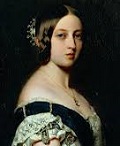





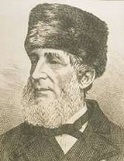





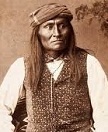








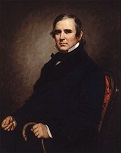




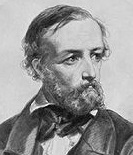







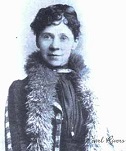







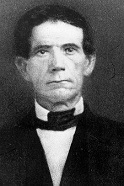
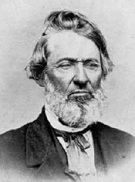


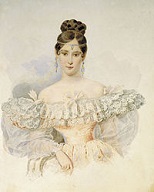
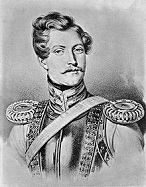






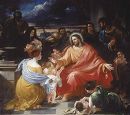



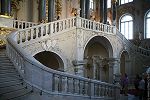
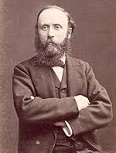
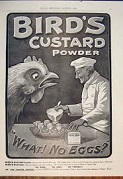


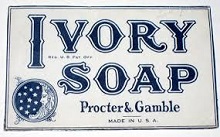
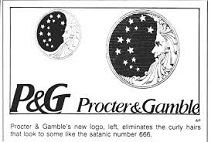
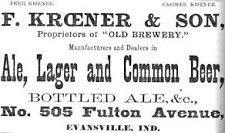

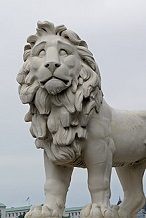
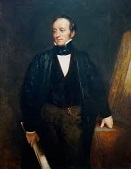
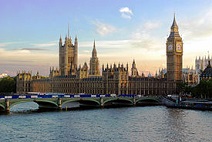
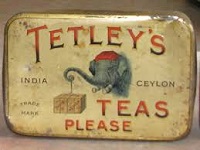
1837 A smallpox epidemic spreads across the North Am. plains, breaking the Mandan and Hidatsa tribes of N.D., reducing the Mandan tribe from 1.6K to 150 members. On Jan. 2 the Kirtland Safety Society "anti-bank" is organized as a joint stock co. by Joseph Smith Jr. and Sidney Rigdon, with Smith as cashier; too bad, it fails in Nov., and Smith is fined for "running an illegal bank", bankrupting several Mormons, who leave the church in disgust at this scammer, causing half of the Quorum of the Twelve Apostles to condemn him, with apostle Heber S. Kimball uttering the soundbyte: "There were not twenty persons on earth that would declare that Joseph Smith was a prophet of God", and a group of Mormons incl. Warren Parish and Martin Harris seizing control of the Kirtland Temple (which becomes the Church of Christ) and excommunicating Smith and Sidney Rigdon, who take off for parts unknown, er, Far West, Mo., taking the Kirtland Camp of several hundred loyal followers with them, incl. the First Seven Presidents of the Seventies, the top-third of the Mormon priesthood hierarchy; on May 11 after declaring that he had no confidence in the church presidency, Smith County, Tenn.-born apostle (since Feb. 15, 1835) William Earl McLellin (1806-83) is excommunicated, and becomes Smith's bitter enemy, ransacking and robbing his home while he's being held in Liberty Jail in Richmond, Mo. over the Safety Society scandal, after which on Dec. 16, 1838 Smith writes a letter from jail comparing McLellin to Balaam of talking ass fame, pissing him off and causing him to ask the sheriff for permission to fight him, but insisting on being given a club while leaving Smith unarmed, getting him turned down; meanwhile after Smith receives a revelation on July 8, 1838 (which ends up in Doctrine and Covenants, Sect. 117, making him immortal), the First Presidency asks Phelps, N.Y.-born Mormon high priest and Kirtland high council member Oliver Granger (1794-1841) (who was baptized in Sodus, N.Y. in 1832 by Brigham Young and ordained by him to be a church elder) to settle the bank's affairs, satisfying the creditors even though much church property is appropriated by squatters, after which Granger stays in Kirtland until his death on Aug. 27, 1841, his funeral attended by a large crowd; meanwhile all of the original Three Witnesses leave the church, causing Smith to call them "too mean to mention, and we had liked to have forgotten them", while in Mar. 1838 ex-church members claim that Harris publicly denied that any of the Three Witnesses had seen the gold plates physically, but only in a vision, causing three apostles and two others to leave the church, while Harris continues to believe in the truth of the Book of Mormon but rejects Smith as a con man. On Jan. 14 the U.S. signs a treaty with the Chippewa, chippin' awa' at their lands in favor of the new "Wolverine State" of Michigan (Mich.) (Chippewa "Michigama" = great lake") (surrounded by four of the five Great Lakes), which on Jan. 26 is admitted as the 26th U.S. state - if you seek a pleasant peninsula, look around you? On Jan. 25 The Times-Picayune (originally The Picayune) newspaper is founded in New Orleans, La. by George Wilkins Kendall (1809-67) et al.; the initial price is one Spanish picayune (half a bit); in 1876 Eliza Jane Nicholson (Holbrook) (nee Poitevent) (1843-96) AKA Pearl Rivers inherits the paper from her hubby, introducing Society Bee columns, children's pages, and the first women's advice column, written by Dorothy Dix, tripling circ. between 1880 and 1890; in 1914 it becomes "The Times Picayune" after merging with the "New Orleans Times Democrat"; it goes on to win the 2006 Pulitzer Prize for its coverage of Hurricane Katrina. In Feb. after pub. a Manifesto on Jan. 22 by leader Pieter Mauritz "Piet" Retief (1780-1838) listing their grievances against the stankin' British, the Star, er, Great Boer Trek in South Africa begins as 10K Star, er, Voortrekkers ("forward trekkers") leave Cape Colony and go NE over Orange River to get away from British rule, arriving on Oct. 5 at the Drakensburg Mts., then crossing over into Natal in Nov.; at first the Zulus seem friendly, but just wait? - I'm not a star I'm a brain surgeon? On Mar. 3 his last day of office, the election of Van Buren a done deal, Old Hickory Pres. Andrew Jackson finally recognizes the Texas Repub. (Sam Houston had fought Indians with him at Horseshoe Bend). The U.S. gets a magician president known for being behind the 8-ball? On Mar. 4 Dem. Kinderhook, N.Y.-born lawyer Martin Van Buren (1782-1862), AKA "Old Kinderhook" (son of a tavernkeeper in Kinderhook, N.Y.), "the Little Magician" (adept political manipulator) (behind the 8-ball?), "the Red Fox of Kinderhook" (bright red hair and sly ways), "the Flying Dutchman", "the Machiavellian Belshazzar", "Little Van" (on the short side), "Martin Van Ruin" (Panic of 1837), "the Sage of Lindenwald", "the American Talleyrand" (devious) becomes the 8th U.S. pres. (until Mar. 4, 1841) in the 13th U.S. Pres. Inauguration on the East Portico of the U.S. Capitol in Washington, D.C. after he and Jackson ride together to the Capitol in a small phaeton built from wood from the USS Constitution drawn by four gray horses; 3rd 1-term U.S. pres., after John Adams (1797-1801) and J.Q. Adams (1825-9); no more 2-term presidents until Grant (1869); first pres. of Dutch ancestry, and first born under the Stars and Stripes; the 8th U.S. pres. and 8th U.S. vice-pres., who lives to see the election of 8 different presidents from 8 different states; first N.Y. gov. to become pres. (Grover Cleveland, Theodore Roosevelt, FDR); First Lady shoulda been Hannah Hoes Van Buren (1783-1819); Richard Mentor Johnson (1780-1850) becomes the 9th U.S. vice-pres. (until Mar. 4, 1841) after being elected by the U.S. Senate (first vice-pres. elected under the provisions of the 12th Amendment until ?) (Richard M., Johnson, 'Dutch' all in this year's White House?); Van Buren's inaugural address is a tribute to his boss Jackson, with the soundbyte: "In receiving from the people the sacred trust twice confided to my illustrious predecessor, and which he has discharged so faithfully and so well, I know that I can not expect to perform the arduous task with equal ability and success. But... I may hope that somewhat of the same cheering approbation will be found to attend upon my path", pledging "to tread generally in the footsteps of President Jackson"; he retains Jackson's entire cabinet; widower Andy Jackson (d. 1845) observes the inauguration of his hand-picked successor, then retires to the Hermitage - Mariiiiiiiiia, Mariiiiiiia, Maria I love you? In May after U.S. state govts. plunge into $170M in debt to finance the building of roads and canals to keep up with New York's Erie Canal, leading by Apr. to the out-of-control monetary system in the U.S. leads to the Panic of 1837 (ends 1842), with inflated land values, paper speculation, and wildcat banking, New York banks suspend specie payments on their bank notes, causing 250 business houses to fail in New York City in three weeks, and eventually half of the 800 U.S. banks to fail; all the national and most of the local trade unions in the U.S. vanish; the panic stimulates emigration W along the Oregon Trail. On Mar. 8 Penn.-born John Catron (1786-1865) of Tenn. becomes U.S. Supreme Court justice #26 (until May 30, 1865); on Sept. 25 Culpeper County, Va.-born Ky.-raised Ala. sen. John McKinley (1780-1852) becomes U.S. Supreme Court justice #27 (until July 19, 1852), giving it nine members for the first time; no more changes until 1841. On Mar. 28 the U.S. officially swindles the Wyandot tribe out of the 3,149 sq. mi. Platte Purchase, which is joined to Mo., making the Missouri River its W boundary. In Mar. Charles Darwin becomes convinced that "transmutation" has been occurring among the Earth's species, but still doesn't know how, causing him to drag his feet and take 20 years to pub. his theory of evolution by natural selection. On Apr. 1 Jose Ignacio de Marquez becomes pres. of Colombia for the 2nd time (until Apr. 1, 1841). On June 5 the city of San Antonio, Tex. (modern-day pop. 1.49M/2.45M) (AKA San Antone) (River City) (Alamo City) (named after St. Anthony of Padua) on the San Antonio River (site of the Alamo) (founded May 1, 1718) is incorporated. Veni, Vidi, Vicki? On June 20 king (since June 26, 1830) William IV (b. 1765) dies of pneumonia, ending the personal union of Great Britain and Hanover (since 1714), and despite nasty rumors that he intended to murder his niece Victoria and seize the British throne, George III's 5th son Ernest Augustus I (1771-1851) becomes king of Hanover (until Nov. 18, 1851); meanwhile in Britain William IV is succeeded by his 18-y.-o. niece (daughter of Duke Edward Augustus of Kent and Princess Victoria Mary Louisa of Saxe-Coburg) Victoria Alexandrina (1819-1901) as Queen of the United Kingdom of Great Britain and Ireland 27 days after her 18th birthday (until Jan. 22, 1901), becoming the 55th British monarch (last to not be the child of a British monarch until ?) (the 4th/5th/6th female British monarch, depending on whether you accept Queen Maud and Lady Jane Grey); the nosegay (tussie-mussie) becomes a popular fashion accessory, along with their floral symbolism; the long long Victorian Age goes in like a lamb as she develops a friendship with Liberal statesman William Lamb, 2nd viscount Melbourne, who broadens her thinking, pissing-off the Conservatives, not to mention her near-scandalous love of late-night parties - want lashes that make a dramatic statement? On July 4 Congress authorizes a new U.S. flag with 26 stars (design #8), which now incl. Michigan; there are no new stars for eight years, despite the courtship of fledgling Texas. On July 14 Chinese Manchu emperor (since 1820) Qin Dao Guan pub. an edict calling for the punishment of opium dealers "without the slightest indulgence" - cut off what and stick it up where? On July 29 and Sept. 29 treaties are signed between the U.S. govt. and the Ojibwa and Dakota nations permitting settlement in the St. Croix River Valley, allowing the founding of Stillwater, Minn.; the river later becomes part of the border between Minn. and Wisc. On Aug. 7 English former actress Harriet Mellon (b. 1777) dies, leaving the £1.8M fortune of her banker ex-hubby Thomas Coutts (1735-1822) to his granddaughter Angela Georgina Burdett-Coutts (1814-1906), who becomes the wealthiest woman in England, becoming an art collector and philanthropist and going on to become the first woman to receive an English peerage in 1871. On Aug. 19 Peter IV's 1826 moderate charter is restored in Portugal. In Aug. the town of Seguin, Tex. in Guadalupe County on the N edge of the South Texas Plains is founded, becoming the home of the Texas Rangers. On Sept. 19 the Battle of Aranzueque in Aranzueque, Spain is a V for the Liberals over the Carlists, ending their Expedicion Real. In the fall one-third of the U.S. work force is jobless, and within two years those with a job receive a wage cut of 30-50%; meanwhile prices soar, and by winter there are 200K homeless people in New York City, and no govt. safety net; in Sept. Pres. Van Buren calls a special session of Congress which votes to postpone indefinitely the distribution of the surplus in case of a future deficit, and approves a new issue of Treasury notes to cover immediate expenses. On Oct. 30 Tsarskoye Selo Railway opens in Russia, linking St. Petersburg and Tsaskoye Selo, becoming the only passenger train line in Russia until the Moscow-St. Petersburg Railway in 1951; it closes in 1899. On Oct. 31 British-Am. candlemaker William Procter (1801-84) and his Irish-Am. soapmaker brother-in-law James Gamble (1803-91) found Procter & Gamble Co. in Cincinnati, Ohio, going on to supply Union soldiers with soap during the U.S. Civil War and invent Ivory brand whipped soap in 1879, with the slogans "It floats" (1891) and "99-44/100 pure" (1895); the logo features Old Man Moon and 13 stars, causing conspiracy theorists to whisper about Satanic connections. On Nov. 6 the abortive Canadian Revolts of 1837-8 (end Dec. 4, 1838) against Britain begin, sparked by attempts to institute U.S.-style govt., starting with the Lower Canada Rebellion (Patriot's War) (La Guerre des Patriotes) (ends Nov. 10, 1838), led by Louis Joseph Papineau (1786-1871), followed on Dec. 7 by the Upper Canada Rebellion, led by Toronto mayor William Lyon Mackenzie (1795-1861) (ends Dec. 4, 1838); on Nov. 25 the 2-hour Battle of Saint-Charles in the Richelieu Valley sees the Patriote rebels led by Thomas Storrow Brown (1803-88) defeated by the govt. of Lower Canada supported by the U.K. govt., causing Brown to flee to Fla. until he is granted amnesty in 1844 and returns to Montreal to work in a hardware store; on Dec. 14 the Battle of Saint-Eustache is a decisive British V over the Patriotes; in Dec. the USS Caroline is set on fire and sunk by Canadian troops while transporting supplies to Canadian insurgents over the Niagara River; British Whig John George "Radical Jack" Lambton, 1st Earl of Durham (1792-1840) is sent to Canada next year as gov.-gen. to investigate the causes, and in 1839 he pub. the Durham Report (Report on the Affairs of British North America), containing the soundbyte "two nations warring within the bosom of a single state", attributing Canada's problems to ethnic rather than economic problems, and recommending a united pip-pip British-run Canada with the goal of assimilating the Frogs, er, French into British culture while limiting their freedom, causing the Province of Canada to be created in 1841 from the former provinces of Lower Canada and Upper Canada; Papineau's nickname of "Bon Jean" is later transformed into Paul Bunyan? On Nov. 7 U.S. abolitionist (Presbyterian minister) Rev. Elijah Parish Lovejoy (b. 1802) is murdered by a mob in Alton, Ill. while trying to defend his printing press, which they throw into the Mississippi River, shocking the U.S. with the news that whites have killed one of their own over the slavery issue; Boston-born Wendell Phillips (1811-84), who became an abolitionist two years earlier after witnessing an attack by a mob of wealthy Bostonians on William Lloyd Garrison gives a big speech denouncing the Alton mob in Boston's Faneuil Hall, gaining him nat. publicity; after hearing of Lovejoy's murder, John Brown (1800-59) publicly vows "Here, before God, in the presence of these witnesses, from this time, I consecrate my life to the destruction of slavery", uttering the soundbyte that slaveholders won't give up their slaves "till they felt a big stick about their heads". On Dec. 25 Zachary Taylor defeats the Seminoles (who claim a V) at the Battle of Lake Okeechobee, and is promoted to brig. gen.; after being tricked with a promise of safe conduct for negotiations Osceola is seized while under a flag of truce and imprisoned at Ft. Moultrie near Charleston Harbor, where he rots and dies next year - where's Daniel Boone when Mingo really needs him? Ernst Augustus (1771-1851) succeeds British king William IV as king of Hanover; he starts out by cancelling the 1833 constitution and dismissing seven profs. of Gottingen U. who protest it, incl. the Grimm brothers Jacob and Wilhelm, Georg Ewald, and Georg Gottfried Gervinus; several of them return after the 1848 get-back-atchya rev. Anastasio Bustamante returns from exile and is reelected pres. of Mexico (until 1842). Rafael Carrera (1814-65) leads a mestizo Indian revolt against the Spanish regime of Central Am. Union pres. Francisco Morazan (ends 1839). Chilean vice-pres. Diego Portales is assassinated at Quillota. William Butler Ogden (1805-77) becomes mayor #1 of Chicago, Ill. (until 1838), later becoming pres. #1 of the Union Pacific Railroad. After Mexico places a bounty on Apache scalps in 1835, Juan Jose Compa, leader of the Coppermine Mimbreno Apaches is killed in the Massacre at Santa Rita del Cobre, causing 6'6" Mangas Coloradas (1793-1863) to step up as new chief, joining with Cuchillo Negro (Sp. "black knife") (Baishan) (1796-1857), chief of the Warm Springs Mimbrenos to siege Santa Rita and slaughter the Mexicans as they flee - you can ring my bell, ring my bell? Well bush my do? Shogun (since 1786) Tokugawa Iyenari (b. 1773) dies, and Tokugawa Ieyoshi (Iyeyoshi) (-1853) becomes shogun #12 of Japan (until 1853), facing sentiment in favor of an imperial restoration along with Western pressure to open the country; meanwhile economic troubles improverish many samurai, turning them into ronin (masterless samurai); meanwhile former policeman Oshio Heihachiro (b. 1793) stages a futile rebellion in Osaka over years of famine and official corruption, and is killed; meanwhile merchant ship USS Morrison, carrying merchants and missionaries from Macao visits Naha in the Ryuku Islands, is bombarded at Edo and Kagoshima, and is snubbed by the xenophobic Japanese - it not only removes surface stains but protects from new stains? King Ferdinand II of the Two Sicilies begins retracting his reforms, going instead for increased centralization. Russian diplomat Ivan Vitkevich visits Afghanistan to compete with Britain for favor. Giuseppe Mazzini becomes an exile in London. Benjamin Disraeli deflowers, er, delivers his maiden speech in the British House of Commons. England introduces official birth registration. There is a typhus epidemic in Philadelphia, and physician William Wood Gerhard (1809-72) becomes the first to establish typhoid fever as a specific disease different from typhus, despite similar symptoms. A fire racks the Hermitage (Winter Palace) in St. Petersburg, and the main white marble staircase is rebuilt by architect Vasily Petrovich Stasov (1769-1848), and called the Ambassadorial Staircase, then later named the Jordan Staircase because on Jan. 6 (Epiphany Day) each year the tsar and his family ceremonially descend it to go get a sip from the polluted Neva River, which they call you know what because it's supposed to be a repeat of Jesus' baptism in the Jordan River. Rama Varma XI dies, and Rama Varma XII (d. 1844) becomes king of Cochin in SW India (until 1844). Portugal enacts tariff legislation. Oman Sultan Sa'id ibn Sultan (d. 1856) makes slave market king Zanzibar his main place of residence, introducing clove, sugar, and indigo cultivation while cooperating with British attempts to end the slave trade - oh man jokes here? The Whitman Mission in Waiilatpu (Cayuse "place of the rye grass"), 6 mi. W of Ft. Walla Walla, Wash. is founded by married Rushville, N.Y.-born Presbyterian missionaries Marcus Whitman (1802-47) and Narcissa Whitman (1808-47), becoming a stopping point on the Oregon Trail; on Mar. 1837 she gives birth to the first white Euro in Oregon Territory, Alice Clarissa Whitman (1837-9), who drowns in the Walla Walla River on June 23, 1839 while getting a drink; on Nov. 29, 1847 they are murdered along with 12 others by Cayuse Indians who believe that a measles epidemic is caused by white poison. Muskingum College in New Concord (60 mi. E of Columbus), Ohio is founded, by the Presbyterian Church USA, becoming home to the Fighting Muskies and the Long Magenta Line; in June 2009 it becomes Muskingum U. French-born Prussian Jew August Belmont Sr. (1813-90) immigrates to New York City as the first U.S. rep. of the Rothschild banking house in Frankfurt, becoming known as the "King of Fifth Avenue", supporting Stephen Douglas and becoming chmn. of the Dem. Nat. Committee, going on to help the Union finance the U.S. Civil War with England and France. The Victorian Era has definitely arrived as an English court rules that Thomas Saverland cannot collect damages from Caroline Newton for biting off part of his nose when he tries to make a pass at her by kissing her; "She is fully entitled to bite his nose, if she pleases", rules the judge; "and eat it up", adds a barrister? John McKay is gibbetted near Perth, Tasmania for murdering Joseph Wilson on what is later named Gibbet Hill, becoming the last case of gibbeting in a British colony. Am. painter Alfred Jacob Miller (1810-74) accompanies Scottish Capt. W.D. Stewart on a hunting trip along the Oregon Trail, and makes sketches which he later turns into oils for Stewart's castle, incl. one of Ft. Laramie showing Indians camped outside while bartering beaver pelts for whiskey and baubles, and another of Ft. William in Okla. doing ditto; over 100 of them end up in the Joslyn Art Museum in Omaha, Neb. The Native Am. Assoc. is formed in Washington, D.C. to foster the patriotism of "real" Americans (white Protestants). The growing Latter-day Saints send a foreign mission to Britain. The U.S. surgeon gen. selects seven new sites for marine hospitals to add to Boston (1799) and Norfolk, Va. (1801), incl. three along the Ohio River, three along the Mississippi River, and one on the Great Lakes; the town of Napoleon, Ark. at the confluence of the Mississippi and Arkansas Rivers gets its start, with big plans for becoming the next St. Louis or New Orleans, only to be destroyed by the U.S. Civil War plus flooding. The city of Toledo, Ohio (modern pop. 300K/650K) on the Maumee River at the W end of Lake Erie is incorporated. John James Audubon visits Houston, Tex. and describes the president's mansion as "a small log house, consisting of two rooms", with a muddy and filthy ground floor where Gov. Houston shares quarters with the surgeon-gen. and all sleep on camp cots. Sir Rowland Hill (1795-1879) brings a list of ideas for postage system reforms before the British govt., changing the practice of collecting postage from the addressee to one of charging one cent to the sender for a postage stamp. U.S. Presbyterians split into old and new school. Friedrich Froebel (Fröbel) (1782-1852) opens the first exclusive kindergarten (Germ. "child's garden") in the village of Blankenburg, Thuringia, Germany, stressing the spontaneous growth of a child through play, and starting a movement which establishes other ones throughout Germany; too bad, his nephew Julius Froebel (Fröbel) (1805-93), a radical prof. in Zurich pollutes his name, causing the Prussian govt. to ban the subversive thingies in 1851. Muhammad ibn Ali as-Senussi (1787-1859) founds the Sunni Muslim Senussi (Sanussi) sect in Mecca as an offshoot of the Salafis, which becomes strong in Sudan and Libya (one-third of the pop. in modern times). Mount Holyoke College (originally Mount Holyoke Female Seminary until 1893) (first member of the Seven Sisters) is founded in South Hadley, Mass. by Mary Mason Lyon (1797-1849) for "adult female youth in the common walks of life", giving the daughters of farmers and artisans a high quality low cost ed., and supplying the U.S. with a steady stream of female teachers, which feminizes the profession, and creates the tantalizing phenomenon of unmarried professional women enjoying autonomy before, ahem, marriage - plus a little lezzie experimentation in the semen-nary? Muskingum U. (originally Muskingum College until June 2009) is founded in New Concord (60 mi. E of Columbus), Ohio by the Presbyterian Church USA, becoming the alma mater of astronaut John Glenn; the alumni are called the Long Magenta Line; sports teams are known as the Fighting Muskies. The Nat. and Capodistrian U. of Athens (originally the Othonian U. until 1862, then the separate Nat. U. and Kapodristian U. until 1932) is founded in Zofrafou, Attica, Greece on May 3 by King Otto, becoming the first univ. in modern Greece, going on to become the 2nd biggest after the Aristotle U. of Thessaliniki. Davidson College is founded in Davidson, N.C. by the Concord Presbytery on 469 acres of land purchased by Am. Rev. War Brig. Gen. William Lee Davidson; on May 5, 1972 women are allowed to enroll; in 2005 the board of trustees votes 31-5 to allow 20% of the board to be non-Christian; in 2007 the need for student loans is eliminated. DePauw U. (originally Indian Asbury U.) is founded in Greencastle, Ind. by the Methodist Episcopal Church, and named after their first Am. bishop Francis Asbury (1745-1816). Marshall U. is founded in Huntington, Va. (modern-day W Va.) by atty. John Laidley (1791-1863) et al., and named after his friend chief justice John Marshall. Charles Lewis Tiffany (1812-1902), future father of artist Louis Comfort Tiffany (1848-1933) founds Tiffany & Co. in New York City, going on to create the first retail jewelry catalog - and become the place to holly golightly? Theophile Gautier begins art-drama critic for La Presse (until 1845) - you pull it out, love of goat god? Lloyd's of London coins the term "A-1" for ships in first class condition. The U.S. House of Reps passes a rule prohibiting the wearing of hats on the floor. The word "ampersand" is coined for the "&", the 27th letter of the alphabet, originally "and per se and"; in Scotland it becomes epershand, for "et per se and". French philosopher Francois Charls Marie Fourier (1772-1837) coins the word "feminism" - who are you to make me choose between my job and my daughter? The term "debutante" begins to be applied to English ladies who are presented to the queen for their "coming out" in society. Everardus Johannes Potgieter (1808-75) founds the review De Gids, which becomes the organ for the Dutch Romantic movement. Alexandre Dumas pere begins his famous collaboration with novelist Auguste Maquet (1813-88), going on to produce a series of French historical novels, incl. "The Count of Monte Cristo" and "The Three Musketeers" - OK, Dumas, Maquet good? The first railroad in Canada begins operation. Birmingham is linked to the Liverpool and Manchester Railway. The city of Atlanta, Ga. (modern-day pop. 420K/6.3M) E of the Chattahoochee River is founded as a transportation hub at of the Western & Atlantic Railroad; in 1842 its pop. of 30 names it Marthasville in honor of the daughter of the Ga. gov.; on Dec. 29, 1847 it is incorporated as Atlanta, short for Atlantica-Pacifica, the name proposed by Georgia Railroad chief engineer J. Edgar Thomson; in 1860 the pop. is 9,554; on Nov. 11, 1864 Union troops burn it to the ground, after which it is slowly rebuilt, replacing Milledgeville as the state capital in 1858, becoming known as the unofficial capital of the New South, and "the City in a Forest" for its dense tree cover, making it the laid-back New York City and Sherwood Forest combined. August Borsig (1804-54) opens an iron foundry and engine factory in Berlin, completing his first locomotive (Borsig 1) in 1840, which defeats a Stephenson locomotive in a speed race. French saddler co. Hermes (Hermès) is founded in Paris by Protestant German immigrant Thierry Hermes (Hermès) (1801-78), going on to become a top fashion label known for its silk scarves (1928) and leather bags, incl. the Kelly Bag (1956) and Birkin Bag (1984). Thomas Holloway (-1883) of England begins selling Holloway's Pills, a cure-all for rheumatism, gout, bronchitis, wounds, scrofula, etc. made of aloes, ginger, and soap; he leaves money in his will to found the Royal Holloway College in Egham, Surrey, and the Holloway Sanatorium in Virginia Water. Joseph Tetley & Co. is founded in Yorkshire, England by pack horse vendor brothers Joseph Tetley and Edward Tetley, selling orange pekoe and pekoe blends, along with Earl Grey tea; in 1856 they move to London; in 1953 they becomes the first co. in the U.K. to sell tea in tea bags; they go on to become the largest tea co. in the U.K. and Canada, and 2nd largest in the U.S.; in 2000 the co. is purchased by the Tata Group. After fleeing to England in 1830, Meaux-en-Brie, France-born Alexis Benoist Soyer (1810-58) becomes head chef of the new Reform Club in London, with a £1K/year salary, becoming the first celebrity chef?, going on to institute innovations incl. gas cooking, cold-water refrigerators, and adjustable ovens; during the Great Irish Famine of 1847 he invents the soup kitchen to serve "famine soup" to the poor; in 1849 he begins marketing his tabletop "magic stove"; during the 1853-6 Crimean War he advises the British army, installing regimental cooks. Brothers-in-law Jacob Rice and Frederick "Fred" Kroener establish the first brewery in Evansville, Ind. on the Wabash & Erie Canal; in 1853 Rice leaves to found the Rice and Cook City Brewery, which in 1885 is renamed F.W. Cook Brewing Co., closing in 1957; meanwhile Rice & Kroener Brewery becomes the Old Brewery, closing in 1884. Watney's Brewery is founded in Victoria, London by James Watney (1800-84) after he partners with his parents in the Stag Brewery in Pimlico; he is succeeded by his sons James Watney Jr. (1832-86) and Norman Watney (1834-1911), who merge in 1898 with Combe Delafield & Co. and Reid & Co., becoming Watney Combe & Reid Co., the largest brewer in London (39.5M gal./year), becoming known for Watney's Red Barrel Pale Ale, which is filtered and pasteurized for export in kegs in 1931, and introduces artificial carbonation to the U.K. in 1936, with the ad slogan "What we want is Watney's"; in the 1930s it becomes one of the top 30 cos. traded on the London Stock Exchange; in 1971 it becomes just Red. Sports: The Castle Garden Boat Club Assoc. of Poughkeepsie, N.Y. becomes the first rowing assoc. in the U.S. The 11-mi. 220-yd. Crick Run Race at Rugby School in Warwickshire, England begins keeping records. Architecture: On May 24 the 12' x 13' South Bank (Red) Lion Coade stone sculpture by William Frederick Woodington (1806-93) is mounted on the parapet of the (Red) Lion Brewery (built in 1718 by Sir John Shorter) of James Goding on the Lambeth (South) Bank of the Thames River near the Hungerford Bridge; in 1924 the brewery is sold to Hoare Brewing Co. of Wapping, and the statue is painted red and mounted beside the entrance to the Festival of Britain near Waterloo Station; in 1966 the paint is stripped, and the statued is moved to a large granite plinth at the S end of Westminster Bridge; his partner ends up painted gold at a gate W of Twickenham Stadium; it was originally made of bronze so that it shone red in the Sun? Buckingham Palace (built 1703) near St. James Park in Westminster, London becomes the official town residence of the British sovereign, replacing St. James's Palace (since 1689). After they burn down in 1834, Westminster, London-born English architect Sir Charles Barry (1795-1860) begins the new Houses of Parliament (Palace of Westminster) on the N bank of the Thames River in Westminster, London; the House of Lords is completed in 1847, the House of Commons in 1852. Fort St. Vrain 7 mi. N of modern-day Fort Vasquez, Colo. at the confluence of St. Vrain Creek and the South Platte River is built by the co. owned by William Bent and Ceran St. Vrain as a fur trading post, going on to employ James Beckwourth, Jean Baptiste Charbonneau (son of Sacagawea) et al. Inventions: Italian astronomer Giovanni Battista Amici (1786-1863) of Florence first uses a hemispheric objective lens in microscopy. English chemist Alfred Bird (1811-78) of London invents Bird's Custard, based on corn flour instead of eggs, which becomes the most popular brand in the U.K., after which he invents baking powder so that his wife can make yeast-free bread - for the birds jokes here? French teacher of the blind Louis Braille (1809-62) invents the Braille Alphabet, which incl. abbreviations for common words - designed and engineered the zoom-zoom way? Sir William Fothergill Cooke (1806-79) and Sir Charles Wheatstone patent an electric telegraph, which is widely used in Britain; meanwhile Charlestown, Mass.-born painter Samuel F.B. Morse (1791-1872) exhibits his electric telegraph at the City College of New York, and invents Morse Code, which he can send at a shocking 10 words per min. French painter Louis Jacques Mande Daguerre (1789-1851) invents the "miraculous" reduced exposure time Daguerreotype process of photography using a silver iodide coating on copper plates, developed with mercury fumes and washed with a salt solution to prevent darkening; he doesn't present it to the public until 1839. Vermont blacksmith Thomas Davenport (1802-51) develops the first DC Electric Motor. Ill. blacksmith John Deere (1804-86) invents a steel-tipped wrought-iron plow, which slowly becomes the standard for the U.S. prairie; his co. logo is in agricultural green and yellow, and features an antlered animal (don't say deeer?); by 1839 he makes a total of 10 plows. Chromolithography is patented by ? Engelmann. Isaac Pitman (1813-97) invents Pitman Shorthand. Rudolphe Toppfer (Töpffer) of Switzerland pub. "The Adventures of Obadiah Oldbuck", becoming the first comic book; in 1842 it becomes the first comic book pub. in the U.S. Science: In July 30-y.-o. Swiss naturalist Louis Jean Rodolphe Agassiz (1807-73) shocks the Swiss Society of Natural Sciences in Neuchatel, abandoning his prepared lecture on Brazilian fossil fish and announcing his new theory that a vast "ocean of ice" had once covered all of Europe and N Asia as far as the Caspian Sea, based on an expedition the previous summer with older friend Jean de Charpentier, where they had found evidence that glaciers move, carrying rocks with them, incl. one incident where Agassiz is lowered into an Alpine glacier too far and almost freezes in meltwater; too bad, the other scientists scoff at any implication that the Biblical Flood doesn't explain all. German mathematician Johann Peter Gustav Lejeune Dirichlet (1805-59) pub. Dirichlet's Theorem on Arithmetic Progressions, that there are infinitely many primes that are congruent to mod d, where a and d are positive and coprime, e.g. a, a+d, a+2d, a+3d..., using Dirichlet L-functions in the proof and describing the difference between absolute and conditional convergence of series, founding Analytic Number Theory; in 1829 he pub. a paper showing the conditions for the convergence of a Fourier series; in 1838-9 he pub. two papers proving the first class number formula for quadratic forms; he goes on to prove Dirichlet's Unit Theorem and Dirichlet's Approximation Theorem for Diophantine equations, define the Dirichlet Probability Distribution and the Dirichlet Process, and give the first modern definition of a function. German histologist Theodor Schwann (1810-82) recognizes that the yeast cell is a living organism, naming it saccharomyces (Gr. "sugar fungus") for its sweet tooth, also recognizing that fermentation is an anaerobic process, helping turn beer brewing into a science. Friedrich Wohler and Justus von Liebig discover the first glycoside, amygdalin. Nonfiction: Bronson Alcott (1799-1888), Conversations with Children on the Gospels. Henry Baldwin (1780-1844), A General View of the Origin and Nature of the Constitution and Government of the United States; tries to steer a course between federalism and states rights, and tries to justify the legality of slavery while decrying its morality, causing critics to confirm their opinion of his lunacy. Jerome Adolphe Blanqui (1798-1854), Histoire de l'Economie Politique en Europe depuis les Anciens jusqu'a nos Jours (History of Political Economy in Europe). Bernhard Bolzano (1781-1848), The Philosophy of Logic (Wissenschaftslehre). Benjamin Bonneville (1796-1878), The Adventures of Captain Bonneville, U.S.A., in the Rocky Mountains and the Far West (2 vols.); ed. by Washington Irving. Thomas Campbell (1777-1844), Letters from the South. Henry Charles Carey (1793-1839), Principles of Political Economy (4 vols.) (1837-40); backs Henry Clay's Am. System of protectionism and govt.-backed developmental capitalism; becomes a std. U.S. textbook until 1973. Susannah McGavock Carter, The Housekeeper's Book; recipe for yummy cooked calf's head, "some nice fat about the ear... a tooth in the jaw, called by some the sweettooth... very full of jelly, and the eyes which may be forced from the socket by... a knife... and divided into quarters". Thomas Carlyle (1795-1881), The French Revolution: A History (3 vols.); covers from 1789-95; written in exciting present-tense first-person plural style, becoming a big hit and std. work, inspiring Charles Dickens' 1859 novel "A Tale of Two Cities", remaining popular into modern times (most interesting history book ever written?); too bad, he gave the ms. of vol. 1 to friend John Stuart Mill to proofread, but the latter's housemaid mistakenly used it to start a fire, causing him to have to reconstruct it without notes, making it come out highly quirky?; "All eyes are on Robespierre's Tumbril, where he, his jaw bound in dirty linen, with his half-dead Brother and half-dead Henriot, lie shattered, their 'seventeen hours' of agony about to end. The Gendarmes point their swords at him, to show the people which is he. A woman springs on the Tumbril; clutching the side of it with one hand, waving the other Sibyl-like; and exclaims: 'The death of thee gladdens my very heart, m'enivre de joi'; Robespierre opened his eyes; 'Scélérat, go down to Hell, with the curses of all wives and mothers!'" Jean Baptiste Andre Dumas, Lecons sur la Philosophie Chimique (Lessons on the Philosophy of Chemistry). Ralph Waldo Emerson (1803-82), The American Scholar (Aug. 31); delivered to the Phi Beta Kappa Society at Harvard U. ("America's Intellectual Declaration of Independence" - Oliver Wendell Holmes Sr.), founding the philosophy of Transcendentalism, which believes in the inherent goodness of people and Nature, and distrusts human orgs. incl. organized religion and political parties, preaching independence and self-reliance, "the infinitude of the private man". Asa Gray (1810-88), A Natural System of Botany, or A Systematic View of the Organization, Natural Affinities, and Geographical Distribution of the Northern United States. Henry Hallam (1777-1859), Introduction to the Literature of Europe, in the Fifteenth, Sixteenth and Seventeenth Centuries (4 vols.) (1837-9). Moses Hess (1812-75), Holy History of Mankind. William Forster Lloyd (1795-1852), Lectures on Population, Value, Poor-Law and Rent; first statement of the concept of diminishing marginal utility AKA Gossen's First Law. Samuel Roffey Maitland, Six Letters on Foxe's Acts and Monuments; claims that Foxe's Book of Martyrs is full of moose hockey. Harriet Martineau (1802-76), Society in America. John Ramsey McCulloch (1789-1864), A Descriptive and Statistical Account of the British Empire, Exhibiting its Extent, Physical Capacities, Population, Industry, and Civil and Religious Institutions (2 vols.). Augustus De Morgan (1806-71), Elements of Trigonometry and Trigonometrical Analysis, Preliminary to the Differential Calculus; The Elements of Algebra ? Oliver and ? Boyd, New Edinburgh Almanac; sans prognostications. Mordecai Manuel Noah (1785-1851), Discourse on the Evidences of the American Indians being the descendants of the Lost Tribes of Israel; delights by obliquely backing their Book of Mormon, Sir Francis Palgrave (1788-1861), Truths and Fictions of the Middle Ages: the Merchant and the Friar. Isaac Pitman (1813-97), Stenographic Soundhand; shorthand based on phonetics. Simeon D. Poisson (1781-1840), Recherches sur la Probabilite Des Jugements (Researches on the Probability of Judgments). William Hickling Prescott (1786-1850), The History of the Reign of Ferdinand and Isabella the Catholic (4 vols.). Josef Safarik (1795-1861), Slavic Antiquities; how all Slavs should stick together and multiply. Martin Farquhar Tupper (1810-89), Proverbial Philosophy; big hit in Britain, dud in the U.S.; goes through 40 eds. by 1867, and finally sells 1M copies in the U.S., but by the 20th cent. his work is forgotten; "Well-timed silence hath more eloquence than speech"; "A good book is the best of friends, the same today and forever"; "God, from a beautiful necessity, is Love"; "He who does not tire, tires adversity"; "Prayer is the slender nerve that moves the muscle of omnipotence"; "Pain adds rest unto pleasure, and teaches the luxury of health"; "Memory is not wisdom; idiots can by rote repeat volumes. Yet what is wisdom without memory?"; "Ridicule is a weak weapon when pointed at a strong mind; but common people are cowards and dread an empty laugh." John Lloyd Stephens (1805-52), Incidents of Travel in Egypt, Arabia Petraea, and the Holy Land. Theodore Dwight Weld (1803-95), The Bible Against Slavery: An Inquiry into the Patriarchal and Mosaic Systems on the Subject of Human Rights; pub. anon.; 3rd rev. ed. 1838.; the Bible separates man from animals and things, servants were voluntary, and sold themselves, with runaway servants not to be delivered to their masters, who were not owners; "The spirit of slavery never seeks shelter in the Bible, of its own accord. It grasps the horns of the altar only in desperation - rushing from the terror of the avenger's arm . Like other unclean spirits, it 'hateth the light, neither cometh to the light, lest its deeds should be reproved.' Goaded to phrenzy in its conflicts with conscience and common sense, denied all quarter, and hunted from every covert, it vaults over the sacred inclosure and courses up and down the Bible, 'seeking rest, and finding none.' The law of love, glowing on every page, flashes around it an omnipresent anguish and despair. It shrinks from the hated light, and howls under the consuming touch, as demons quailed before the Son of God, and shrieked, 'Torment us not.' A t last, it slinks away under the types of the Mosaic system, and seeks to burrow out of sight among their shadows. Vain hope! Its asylum is its sepulchre; its city of refuge, the city of destruction. It flies from light into the sun; from heat, into devouring fire; and from the voice of God into the thickest of His thunders." Music: Daniel Auber (1782-1871), Le Domino Noir (opera) (Opera Comique, Paris). John Barnett (1802-90), Fair Rosamund (opera). Hector Berlioz (1803-69), Grande Messe des Morts, Op. 5 (Requiem) (Paris). Gaetano Donizetti (1797-1848), Roberto Devereux (tragic opera) (Oct. 29) (Teatro San Carlo, Naples); libretto by Salvadore Cammarano, based on "Elisabeth d'Anglette" by Francois Ancelot (1829) and "Historie secrete des amours d'Elisabeth et du comte d'Essex" (1787) by Jacques Lescéne des Maisons, based on the life of English queen Elizabeth I's beau Robert Devereux, 2nd Earl of Essex. Albert Lortzing (1801-51), Zar und Zimmermann (Czar and Carpenter) (Leipzig). Samuel Lover (1797-1868), Rory O'Moore, a National Romance; "Now Rory leave off Sir, you'll hug me no more,/ That's eight times today that you've kissed me before;/ Then here goes another, says he, to make sure/ For there's luck to odd numbers says Rory O'Moore". Felix Mendelssohn (1809-47), Symphony No. 3 in A minor, Op. 56 ("Scottish Symphony"); dedicated to Queen Victoria. Art: Benjamin Robert Haydon (1786-1846), Christ Blessing the Little Children - my dad is better than your dad? Alfred J. Miller, Interior View of Ft. William. Poetry: Victor Hugo (1802-85), Les Voix Interieures. Alphonse de Lamartine (1790-1869), La Chute d'un Ange. Edwin Landseer, The Old Shepherd's Chief Mourner. Nikolaus Lenau (1802-50), Savonarola; how tyranny doesn't mix with Christianity. Alexander Pushkin (1799-1837), The Bronze Horseman: A Petersburg Tale; written in 1833; his most popular poem?; about the equestrian statue of Peter the Great in St. Petersburg. Robert Southey (1774-1843), The Poetical Works of Robert Southey, Collected by Himself. John Greenleaf Whittier (1807-92), Abolition Poems. Novels: William Harrison Ainsworth (1805-82), The Admirable Crichton; an admirable butler shipwrecked on an island. Honore de Balzac (1799-1850), Illusions Perdues (Lost Illusions). Sara Coleridge (1802-52), Phantasmion, a Fairy Tale; daughter of Samuel Taylor Coleridge spins some good yarns. Charles Dickens (1812-70), Oliver Twist; or, The Parish Boy's Progress (1837-9); illustrations by George Cruikshank; Noah Claypole, Mr. Brownlow, 4'6" Artful Dodger Jack Dawkins; workhouse boss (constabular beadle) Mr. Bumble ("the law is a ass"), who dishes out oatmeal, and to whom Oliver issues the immortal soundbyte: "Please, sir, I want some more"; dog-kicking Bill Sykes, his mean bulldog Bull's-Eye and his bird Nancy; his boss, Jewish pickpocket gang king Fagin (Gael. "little ardent one") is hanged at the end, which draws such an angry reaction from Londoners that he tones it down in future eds.; Dicken's best friend is Bob Fagin; Oliver is adopted by Mr. Brownlow and ends up well-fed and happy; in 1837-42 Dickens pub. five of the 14 bestselling books in the U.S., capturing the illiterate and literate markets. Benjamin Disraeli (1804-81), Henrietta Temple: A Love Story; Venetia. Joseph von Eichendorff (1788-1857), Das Schloss Durande. Nathaniel Hawthorne (1804-64), Twice-Told Tales (39 tales) (enlarged 1842); incl. The Minister's Black Veil. Henry William Herbert (1807-58), Cromwell. Theodore Edward Hook (1788-1841), Jack Brag. Yevhen Hrebinka (1812-48), Stories of a Pyriatynian. George Sand (1804-76), Les Maitres Mosaites; Mauprat; a retelling of "Beauty and the Beast"; nobleman Bernard Mauprat is raised by feudal kinsmen who turn him into an "enfant sauvage", after which he helps his cousin Edmee escape and falls for her, threatening rape to get her to consent to marriage, ending in a "Red and Black" type trial. Robert Southey (1774-1843), The Doctor; incl. Goldilocks and the Three Bears; in 1837 George Nicol turns it into a poem; in 1849 Joseph Cundall changes the old woman to a pretty little girl. Karl Spindler (1796-1855), Der Konig von Zion (The King of Zion). Births: Russian composer (founder of The Five) Mily (Mily) Alekseyevich Balakirev (d. 1910) on Jan. 2 (Dec. 21, 1836 Old Style) in Nizhni-Novgorod. English "villain in Virginia Woolf's 'A Room of One's Own'" historian (gay) Oscar Browning ("O.B.") (d. 1923) on Jan. 17 in London; educated at Eton College, and King's College, Cambridge U.; lover of Simeon Solomon (1840-1905). Hungarian poet ? (d. 1902) on Jan. 31 in Gyorkony. British "Bacon is Shake-Speare" MP (1895-1906) Sir Edwin Durning-Lawrence, 1st Baronet (d. 1914) in London; brother of Sir Wiliam Lawrence (1818-97) and Sir James Lawrence (1820-97); uncle of Frederick Pethick-Lawrence (1871-1961); educated at London U.; created baronet in 1898. Am. Gallaudet U. founder Edward Miner Gallaudet (d. 1917) on Feb. 5 in Washington, D.C.; son of Thomas Hopkins Gallaudet () and Sophia Fowler Gallaudet (); father of Edson Fessenden Gallaudet (1871-1945). Am. Christian evangelist Dwight Lyman Moody (d. 1899) on Feb. 5 in Northfield, Mass.; starts out as a shoe salesman before becoming a missionary in Chicago in 1865. Scottish "Oxford English Dictionary" lexicographer Sir James Augustus Henry Murray (d. 1915) on Feb. 7 in Denholm (near Hawick), Roxburghshire; knighted in 1908. Am. Repub. Los Angeles Times publisher Harrison Gray Otis (d. 1917) on Feb. 10 near Marietta, Medina County, Ohio; not to be confused with politician Harrison Gray Otis (1765-1848). Am. Hudson River School landscape painter-etcher Thomas Moran (d. 1926) on Feb. 12 in Bolton, Lancashire, England; emigrates to the U.S. in 1844; his sketches of Yellowstone help its establishment as a nat. park in 1916. German novelist and Egyptologist Georg Moritz Ebers (d. 1898) on Mar. 1 in Berlin. Am. "The Rise of Silas Lapham" novelist-editor-critic William Dean Howells (d. 1920) on Mar. 1 in Martins Ferry, Ohio; father of John Mead Howells (1868-1959). Canadian "Cosmic Consciousness" psychiatrist Richard Maurice Bucke (d. 1902) on Mar. 18 in Methwold, England; educated at McGill U. U.S. Dem. pres. #22 (1885-9) and #24 (1893-7) ("Uncle Jumbo") Stephen Grover Cleveland (d. 1908) on Mar. 18 in Caldwell, N.J.; son of a strict Presbyterian minister descended from English ancestors, and an Anglo-Irish Protestant and German Quaker mother; distant relation of Gen. Moses Cleaveland (1754-1806) of Cleveland, Ohio fame; the Baby Ruth brand candy bar is allegedly named for his daughter Ruth, not baseball star Babe Ruth. English "Charles Surface" actor-mgr.-surgeon Sir Charles Wyndham (OE "hamlet near the winding way") (Culverwell) (d. 1919) on Mar. 23 in Liverpool; educated at King's College, London; goes from surgeon for the Union army in the U.S. Civil War to actor to mgr.; knighted in 1902. German physiologist Wilhelm Friedrich Kuhne (Kühne) (d. 1900) on Mar. 28 in Hamburg; educated at the U. of Gottingen; coiner of the term "enzyme". Am. naturalist John Burroughs (d. 1921) on Apr. 3 in Roxbury, N.Y. English #1 degenerate poet-critic (alcoholic) Algernon (OF "wearing a mustache") Charles Swinburne (d. 1909) on Apr. 5 in London; educated at Balliol College, Oxford U.; friend of Theodore Watts-Dunton (1832-1914). French "La Parisienne" dramatist Henry Francois Becque (d. 1899) on Apr. 9 in Lille. Am. financier-banker-philanthropist and art collector John Pierpont Morgan (d. 1913) on Apr. 17 in Hartford, Conn. [Aries]; founder of U.S. Steel Corp. and New York City's Metropolitan (Millionaire's) Club; son of banker Junius Spencer Morgan (1813-); educated at the U. of Gottingen; father of J.P. Morgan Jr. (1867-1943). Danish pacifist leader Fredrik Bajer (d. 1922) on Apr. 21 in Vester Egede (near Naestved). German statesman (Otto von Bismarck's successor) Friedrich August karl Ferdinand Julius von Holstein (d. 1909) on Apr. 24 in Schwedt. German mathematician (Jewish) ("the King of Invariant Theory") Paul Albert Gordan (d. 1912) on Apr. 27 in Breslau; educated at the U. of Konigsberg, and U. of Breslau; student of Carl Jacobi. Am. "Asa Trenchard in Our American Cousin" actor-comedian William Henry "Harry" Hawk (d. 1916) on Apr. 28 in Philadelphia, Penn. French reactionary politician Gen. Georges Ernest Jean-Marie Boulanger (d. 1891) (AKA Gen. Revanche) on Apr. 29 in Rennes; allows his soldiers to grow beards. English "Robert's Rules of Order" writer Henry Martyn Robert (d. 1923) on May 2 in Robertville, S.C.; family moves to Ohio because of opposition to slavery; graduates 4th in his West Point class of 1857; son Joseph T. Robert is pres. #1 of Morehouse College. French-English painter-etcher Alphonse Legros (d. 1911) on May 8 in Dijon; emigrates to England in 1863. Am. anarchist white supremacist surgeon-anthropologist Daniel Garrison Brinton (d. 1899) on May 13 in Thornbury, Penn.; educated at Yale U.; becomes a Union Army surgeon in the U.S. Civil War, and gets sunstroke at Missionary Ridge in the 3rd Battle of Chattanooga in 1863. Japanese liberal statesman Count Taisuke Itagaki (d. 1919) on May 21 in Tosa, Kochi Prefecture; first Japanese political party leader. English celeb soprano-spiritualist Georgina Weldon (nee Thomas) (d. 1914) on May 24 in tooting Lodge, Clapham Common; Welsh father named Traherne; grows up in Florence, Italy; wife (1860-) of Sir William Henry Weldon (1837-1919). Am. Wild West gunfighter-gambler-lawman-showman ("the First Gunfighter") ("Prince of the Pistoleers") James Butler "Wild Bill" Hickock (d. 1876) on May 27 in Homer (modern-day Troy Grove), LaSalle County, Ill.; coiner of the terms "Gunman", "Gunslinger", "Gunfighter", and "Showdown". Am. vaudeville actor-mgr. ("the Father of Vaudeville") Antonio "Tony" Pastor (d. 1908) on May 28 in Manhattan, N.Y.; Spanish immigrant father. Austrian Hitler's father (customs official) Alois Schicklgruber (Hitler) (d. 1903) on June 7 in Strones, Dollersheim, Waldviertel, Lower Austria (W of Vienna); son of unmarried 42-y.-o. peasant Maria Anna Schicklgruber (1795-1847) and an unknown father, possibly Jewish Baron Salomon Mayer von Rothschild (1774-1855) (whom she works for as a maid in Vienna); grows up with his grandfather (real father?) Johann von Nepomuk Huetler (Hiedler) (1807-88), while on May 10, 1842 Maria marries itinerant miller Johann Georg Hiedler (Hitler) (1792-1857); on Jan. 6, 1877 officially changes his surname to Hitler; husband of his half-niece Klara Polzl (1860-1907) (3rd wife); father of Adolf Hitler (1889-1945). U.S. Supreme Court justice #51 (1889-1910) David Josiah Brewer (d. 1910) on June 20 in Smyrna, Turkey; educated at Wesleyan U., and Yale U. Am. educator (co-founder of Radcliffe College) Arthur Gilman (d. 1909) on June 22 in Alton, Ill.; husband of Stella Scott Gilman. Am. world chess champ #1 (1858-60) ("the Pride and Sorrow of Chess") Paul Charles Morphy (d. 1884) on June 22 in New Orleans, La.; of Portuguese, Irish, and Spanish descent. Am. financier (Quaker) Charles Tyson Yerkes Jr. (d. 1905) on June 25 in Philadelphia, Penn.; of Welsh descent; owns most of the private "L" cos. in Chicago. French academic painter Carolus Duran (Auguste Emile Carolus-Durand) (d. 1917) on July 4 in Lille; copied most of the old masters in the Louvre on his way up; teacher of Am. painters John Singer Sargent and Will Hickock Low. English art museum curator John Lockwood Kipling (d. 1911) on July 6 in Pickering, North Yorkshire; husband (1865-) of Alice Kipling (nee MacDonald) (1837-1910); father of Rudyard Kipling (1865-1936). Am. Union Army Col. (Unitarian-turned-Roman Catholic) Robert Gould Shaw (d. 1863) on Oct. 10 in Boston, Mass.; Unitarian abolitionist parents; grandson of Robert Gould Shaw (1775-1853); grows up in West Roxbury, Mass., and Staten Island, N.Y.; educated at Harvard U. Scottish economist Robert Giffen (d. 1910) on July 22 in Strathaven, Lanarkshire; not to be confused with U.S. adm. Robert C. Giffen (1886-1962). Am. Confederate guerrilla cmdr. William Clarke "Bill" Quantrill (d. 1865) on July 31 in (Canal) Dover, Ohio. French. Third Repub. pres. #4 (1887-94) Marie Francois Sadi Carnot (d. 1894) on Aug. 11 in Limoges; son of Hippolyte Carnot (1801-88); grandson of Lazare Carnot (1753-1823); named after his uncle Nicolas Leonard Sadi Carnot (1796-1832). U.S. surgeon gen. #1 (1871-9) John Maynard Woodworth (d. 1879) on Aug. 15 in Big Flats, N.Y.; educated at the U. of Chicago. French composer-organist Francois-Clement Theodore (Théodore) Dubois (d. 1924) on Aug. 24 in Rosnay, Marne. Dutch painter Jacob Hendricus Maris (d. 1899) on Aug. 25 in The Hague. U.S. almost First Lady Ellen Lewis "Nell" Herndon (d. 1880) on Aug. 30 in Culpeper Court House, Va.; wife of Pres. Chester Arthur; daughter of William Lewis Herndon (1813-57). Am. Civil War Union maj. gen. and railroad exec James Harrison Wilson (d. 1925) on Sept. 2 in Shawneetown, Ill. Am. "Columbus" poet-novelist ("Poet of the Sierras") ("the Lord Byron of the Rockies") Joaquin (Cincinnatus Heine) (Hiner) Miller (d. 1913) on Sept. 8 in Union County, Ind.; becomes a miner in Calif. in 1854, goes to Nicaragua, returns to live with the Am. Indians, marries Indian woman Paquita, edits a newspaper in Ore., goes to England, then back to Wash. state and Calif. U.S. Rep. (D-Ga.) (1873-93) James Henderson Blount (d. 1903) on Sept. 12 in Clinton, Ga.; educated at the U. of Ga. Russian mathematician Nikolai Vasilievich Bugaev (d. 1903) on Sept. 14 in Georgia; father of Andrei Bely (1880-1934). Portuguese Braganza king #32 (1853-61) Pedro (Peter) V de Alcantara (the Hopeful) (d. 1861) on Sept. 16 in Lisbon; eldest son of Maria II da Gloria (1819-53); brother of Luis I (1838-89), Joao (1842-61) and Fernando (1846-61). English horse breeder Lady Anne Isabella "Annabella" Noel Blunt (nee King-Noel), 15th Baroness Wentworth (d. 1917) on Sept. 22 in Crabbet Park, Sussex; wife (1869-) of Wilfred Scawen Blunt (1840-1922); daughter of William King, 1st Earl of Lovelace (1805-93) and Lady Ada Lovelace (1815-52); maternal granddaughter of Lord Byon and Annabella Byron, 11th baroness Wentworth; mother of Judith Blunt-Lytton, 16th baroness Wentworth (1873-1957). Am. Repub. politician-industrialist (Episcopalian) Marcus Alonzo "Mark" Hanna (d. 1904) on Sept. 24 in New Lisbon, Ohio; grows up in Cleveland, Ohio; campaign mgr. of pres. William McKinley. Am. Civil War Union brig. gen. and railroad exec Edward Francis Winslow (d. 1914) on Sept. 28 in Augusta, Maine. Hungarian Kaposi's Sarcoma dermatologist (Jewish) Moritz Kaposi (d. 1902) on Oct. 23 in Kaposvar. Japanese Tokugawa shogun #15 (last) (1866-7) Tokugawa Yoshinobu (Keiki) (d. 1913) on Oct. 18 in Edo. Am. physicist-inventor Amos Emerson "Dolly" Dolbear (d. 1910) on Nov. 10 in Norwich, Conn.; educated at Ohio Wesleyan U. Dutch physicist Johannes Diderik van der Waals (d. 1923) on Nov. 23 in Leiden; first prof. of physics at the U. of Amsterdam (1877). Am. inventor John Wesley Hyatt (d. 1920) on Nov. 28 in Starkey, N.Y. English analytical chemist (creator of the first periodical table of the elements in 1863) John Alexander Reina Newlands (d. 1898) in Nov. in London; Italian-descent mother; educated at the Royal College of Chemistry; fights for Giuseppe Garibaldi in 1860. Scottish forensic surgeon Joseph Bell (d. 1911) on Dec. 2; great-grandson of Benjamin Bell (1749-1806); educated at the U. of Edinburgh; inspiration for Arthur Conan Doyle's Sherlock Holmes. French naval officer-engineer Francoice Leonce (Léonce) Verny (d. 1908) on Dec. 2 in Pont d'Aubenas, Ardeche. English "History of English Dramatic Literature to the Age of Queen Anne" historian Sir Adolphus William Ward (d. 1924) on Dec. 2 in Hampstead, London; educated at Peterhouse College, Cambridge U.; knighted in 1913. French physicist Louis Arthur Ducos du Hauron (d. 1920) on Dec. 8 in Langon, Gironde. French waltz composer (Jewish) Emile Waldteufel (Ger. "forest devil") (Charles Emile Levy) (d. 1915) on Dec. 9 in Strasbourg. Am. historian-novelist and Methodist minister ("the Hoosier Schoolmaster") Edward Eggleston (d. 1902) on Dec. 10 in Vevay, Ind. English historian John Richard Green (d. 1883) on Dec. 12 in Oxford; educated at Jesus College, Oxford U. Am. New York World Bldg. Am. Renaissance Beaux-Arts architect George Browne Post (d. 1913) on Dec. 15 in Manhattan, N.Y.; student of Richard Morris Hunt. German painter (gay) Hans von Marees (Marées) (d. 1887) on Dec. 24 in Elberfeld, Dessau; lover of Adolf von Hildebrand; moves to Italy in 1864. German Bayreuth Festival dir. (1883-1906) Cosima (Gr. "order") Wagner (nee Francesca Gaetana Cosima Liszt) (d. 1930) on Dec. 24 in Bellagio, Italy; illegitimate daughter of Franz Liszt (1811-86) and Comtesse Marie d'Agoult (AKA Daniel Stern) (1805-76); wife (1857-70) of German composers Hans von Bulow and (1870-) Richard Wagner. Am. atty.-philanthropist Elbridge Thomas "Commodore" Gerry (d. 1927) on Dec. 25; grandson of Elbridge Gerry (1744-1814); educated at Columbia College. U.S. adm. George Dewey (d. 1917) on Dec. 26 in Montpelier, Vt. Canadian Metis leader Gabriel Dumont (d. 1906) on Dec. ? in Assiniboia, Man. English candymaker Henry Isaac Rowntree (d. 1883); brother of Joseph Rowntree (1836-1925). French archeologist Gaston Charles Ernest Choquin de Sarzec (d. 1901). Swiss chemist Marc Delafontaine (d. 1911) in Celigny. English officer of arms Sir William Henry Weldon (d. 1919); husband (1860-1914) of Georgina Weldon (1837-1914); in 1870 leases Charles Dickens' home Tavistock House in Bloomsbury. English actress-singer-mgr. Kate Santley (Evangeline Estelle Gazina) (d. 1923) in Germany; sister of Sir Charles Santley (1834-1922); grows up in the U.S.; emigrates to England in 1861. French chef Alexandre Etienne Choron (d. 1924) in Caen; not to be confused with musician Alexandre-Etienne Choron (1771-1834). Am. landscape painter Edward B. Gay (d. 1928) in Dublin, Ireland; emigrates to the U.S. in 1848; known for sunny gay work with skillful atmosphere. Deaths: Dutch scientist Martinus van Marum (b. 1750) on Dec. 26 in Haarlem. Italian composer Niccolo Antonio Zingarelli (b. 1752). English Bank of England architect Sir John Soane (b. 1753) on Jan. 20 in London. English king George IV's morganitic wife (1785-) Maria Fitzherbert (b. 1756) on Mar. 27. French parachute inventor Louis Sebastien Lenormand (b. 1757) in Dec. in Castres. Am. Dem.-Repub. politician Nathaniel Macon (b. 1758) on June 29 in Warrenton, N.C.; namesake of Macon, Ga. French composer Jean-Francois Lesueur (b. 1760) on Oct. 6 in Paris. French gen. Joseph Souham (b. 1760) on Apr. 28 in Versailles. English Sanskrit scholar Henry Thomas Colebrooke (b. 1765) on Mar. 18. Italian poet-historian Carlo Giuseppe Guglielmo Botta (b. 1766) on Aug. 10 in Paris, France. Am. surgeon Philip Syng Physick (b. 1768) on Dec. 15 in Philadelphia, Penn. French painter Baron Francois Gerard (b. 1770) on Jan. 11 in Paris (fever). French utopian socialist reformer Francois Marie Charles Fourier (b. 1772) on Oct. 10. Spanish physician Don Francisco de Paula Marin (b. 1774) on Oct. 30 in Honolulu, Hawaii. Spanish-Mexican gen. Jose Joaquin de Arredondo (b. 1776) in Havana, Cuba. English painter John Constable (b. 1776) on Mar. 31 in Dedham Vale, Constable County, Suffolk. El Salvadorian pres. (1823-4, 1824, 1826-9, 1832-3) Mariano Prado (b. 1776) in Guatemala. German naturalist Gottfried Treviranus (b. 1776) on Feb. 16. English actress Harriet Mellon (b. 1777) on Aug. 6. English clown Joseph Grimaldi (b. 1778) on May 31 in Pentonville, Islington. Swedish king (1792-1809) Gustavus IV (b. 1778) on Feb. 7 in St. Gallen. Austro-Hungarian composer-pianist Johann Nepomuk Hummel (b. 1778) on Oct. 17 in Weimar, Thuringia. Irish pianist-composer John Field (b. 1782) on Jan. 23 in Moscow, Russia (pneumonia). Dutch queen Hortense de Beauharnais (b. 1783) on Oct. 5 in Arenenberg, Thorgau, Switzerland. Italian painter Giovanni Migliari (b. 1785) on Apr. 18 in Milan. German political satirist Ludwig Borne (b. 1786) on Feb. 12 in Paris, France. Italian writer Giacomo Leopardi (b. 1798) on June 14 in Naples. Russian #1 Romantic poet-playwright-novelist Alexander Pushkin (b. 1799) on Feb. 10 (Jan. 29 Old Style) in St. Petersburg (killed in his 29th duel by his brother-in-law Baron Georges-Charles de Heeckeren d'Anthes AKA Dantes-Gekkern, a French officer of the Chevalier Guard Regiment who seduced his wife Natalia Pushkina); leaves the unfinished novels Peter the Great's Negro, Rosavlev, and Dubrovsky - the good die young? Spanish writer Mariano Jose de Larra (b. 1809) on Feb. 13 in Madrid (suicide) - the good die young? German dramatist Georg Buchner (b. 1813) on Feb. 19 in Zurich, Switzerland - the good die young?














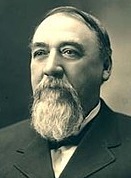
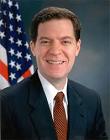


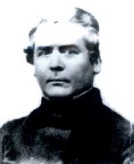






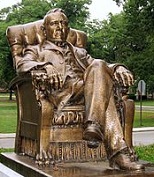


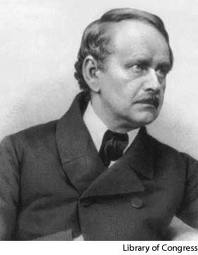

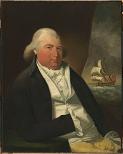
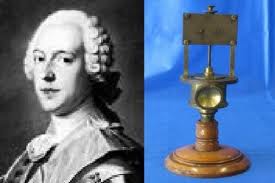







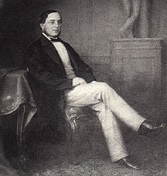
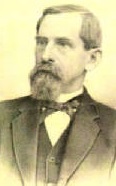
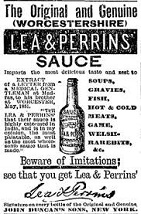
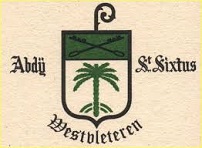
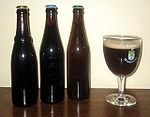
1838 On Jan. 6 Samuel F.B. Morse and Alfred Vail make their first private demonstration in Morristown, N.J. of the telegraph, sending dots and dashes through 2 mi. of coiled wire; the message is "A patient waiter is no loser". On Jan. 15 the U.S. govt. signs a treaty with the New York Indians. On Jan. 27 Abraham Lincoln gives his Lyceum Speech to the Young Men's Lyceum in Springfield, Ill., becoming his first important speech, containing the soundbyte "I know the American People are much attached to their government. I know they would suffer much for its sake. I know they would endure evils long and patiently before they would ever think of exchanging it for another. Yet, notwithstanding this, if the laws be continually despised and disregarded, if their rights to be secure in their persons and property are held by no better tenure than the caprice of a mob, the alienation of their affections from the government is the natural consequence; and to that, sooner or later, it must come." On Feb. 6 the Zulus, led by chief (since 1828) Dingaan (Dingane) sandbag and massacre Voortrekker Piet Retief (b. 1780) and his party of 55 at Weenen ("weeping) in Kwa Zulu Natal, causing the Boers under newly-arrived (last Nov.) Andries Wilhelmus Jacobus Pretorius (1798-1853) to organize a revenge army, and on Dec. 16 ("Dingane' Day") ("Day of the Vow") 10K+ Zulus attack them, and are driven back after losing 3K spear-chucking men to their guns, becoming known as the Battle of Blood River, which the whites use to create a myth of their own superiority. On Feb. 24 U.S. congressmen William Jordan Graves (1805-48) of Ky. and Jonathan Cilley (b. 1802) of Maine get in a duel with rifles at 80 paces on the Bladensburg, Md. dueling grounds, and on the 3rd round Cilley is killed, causing Congress to expel Graves and censure both of the seconds, who are also congressmen; next Feb. 20 Congress prohibits dueling in the District of Columbia. In Feb. Bible-thumping Charleston, S.C.-born abolitionist Angelina Grimke (Grimké) (1805-79) addresses a legislative committee of the Mass. State Legislature, becoming the first woman in the U.S. to address one, speaking against slavery while defending herself against male supremacists who don't think that women should have a right to petition; she follows with Letters to Catharine Beecher in 1838, while her sister Sarah Grimke pub. Letters on the Province of Woman, Addressed to Mary S. Parker. In Feb. Londoner Jane Alsop tells of seeing a bogeyman called Spring-Heeled Jack, who wears a tight-fitting white (oilskin) costume, and has big claws, devilish eyes, and flames coming from his mouth; continued reports of this bogeyman, who can leap from the street to the rooftops and back keep coming until 1904 in Liverpool? In Mar. the Anti-Corn Law League is founded in London by the principal Radical leaders in the House of Commons, incl. Richard Cobden (1804-65) and John Bright (1811-89) to fight for "untaxing the poor man's loaf". On Apr. 22 the 703-ton paddle-wheel steamer Sirius, captained by Irish-born Richard Roberts (-1841) arrives from London with 100 passengers in New York City after leaving Cork, Ireland on Apr. 2, traveling 2,897 nautical mi. at an avg. of 161 nautical mi. per day, becoming the first scheduled passenger-carrying Europe-to-Am. steamer; on Apr. 23, 18 hours after its arrival the slowpoke 1,440-ton steamer Great Western arrives from Bristol after a 15-day crossing, after which nobody remembers them?; too bad, Capt. Roberts goes down with his crew in the steamer President while returning from New York in Mar. 1841, and the Sirius sinks in Ware Cove on its 2nd New York trip with new capt. Stephen S. Moyle on Jan. 16, 1847. On Apr. 26 Joseph Smith Jr. receives a revelation renaming his Church of the Latter Day Saints (the Church of Christ before May 1834) to the Church of Jesus Christ of Latter Day Saints; in 1851 it is incorporated by the legislature of the provisional State of Deseret as the Church of Jesus Christ of Latter-day Saints; in 1876 a new ed. of "Doctrine and Covenants" decides to capitalize the word "The". In Apr. a new Portuguese Constitution is promulgated in Portugal, with three branches of govt. and a chamber of deputies directly elected by limited male suffrage - you better hold 'em? On May 23 despite protests by outraged U.S. citizens to Congress, the 16K-person Cherokee Nation of the Five Civilized Tribes is forcibly removed from their homeland in the Appalachians by U.S. troops under Gen. Winfield Scott along the bad news Trail of Tears to Okla., and 3K die along the way; women and children are seized first to force the men out of hiding; many are evacuated suddenly from their homes sans warm clothing, leading to deaths from pneumonia; the Yankees dig up family graves looking for silver jewelry; the wagon trains stop each day for roadside burials; they are interned in Fort Payne in Ala. before relocation to Okla.; a few Cherokees (the eastern band) hold out in the mountains and eventually acquire title to federal lands in N.C.; on Dec. 19, 2009 Pres. Obama signs the Brownback Native Am. Apology Resolution apologizing to the Cherokees and all Native Am. tribes for past wrongs, sponsored by U.S. Sen. (R-Kan.) (1996-2011) Samuel Dale "Sam" Brownback (1956-). On June 17 after Joseph Smith Jr. and his followers move to Far West, Caldwell County, NW Mo., and found the Danites vigilante group in June, declaring a site in Daviess County 5 mi. S of Jameson along the E bluffs above the Grand River to be Adam-ondi-Ahman (Diahman), the place where Adam and Eve lived after their expulsion from the Garden of Eden, claiming that it will be the gathering spot for the Mormon priesthood and prophets and righteous people before the Second Coming of Christ, dedicating it in Oct. and planning on building a temple there, Mormon leader Sidney Rigdon preaches the Salt Sermon in Far West, condemning dissenters Oliver Cowdery, David Whitmer and John Whitmer, William Wines Phelps et al. by comparing them with Matt. 5:13 ("If salt have lost its savor, wherewith shall it be salted? It is thenceforth good for nothing, but to be cast out, and to be trodden under foot of men"), after which on June 19 80 Mormons sign the Danite Manifesto, warning dissenters to "depart, or a more fatal calamity shall befall you"; too bad, the evacuating dissenters spread stories that whip-up anti-Mormon feeling, leading to the 1838 Missouri Mormon War; after Christian Whitmer and Peter Whitmer Jr. die in 1835 and 1836, the remaining members of the Whitmer family (a big part of the Eight Witnesses) fall out with Smith and are excommunicated along with other dissenters, fleeing Caldwell County after receiving an ultimatum from the Danites and never joining an LDS group again. On June 28 Queen Victoria is crowned in Westminster Abbey - no tears, you're white? In summer the Second Rendezvous for mountain men is held in Riverton, Wyo. at the confluence of the Big River and Little Wind River (first in 1830). On July 1 novelist (friend of Washington Irving) James Kirke Paulding (1778-1860) becomes U.S. Navy secy. #11 (until Mar. 4, 1841), going on to stink himself up by his opposition to steam-propelled warships, with the soundbyte "I would never consent to let our old ships perish, and transform our Navy into a fleet of sea monsters." On July 5 Va.-born Felix Grundy (1777-1840) becomes U.S. atty. gen. #13 (until Jan. 10, 1840). On July 15 Ralph Waldo Emerson gives an Address to Harvard Seniors, one of whom is Henry David Thoreau, who begins (at Emerson's suggestion) keeping a journal; Thoreau graduates this year, and becomes a schoolteacher in Concord, Mass., but is reprimanded by the supervising deacon for not caning his students, after which he picks six at random, flogs them, then resigns. On Aug. 1 all slaves in the British Empire are freed after the period of forced apprenticeship under the 1833 Slavery Abolition Act ends; of 4M African slaves imported to the British West Indies to work sugar plantations, only 400K remain. On Aug. 6 after Joseph Smith Jr. and his followers move to Far West, Mo., and found the Danites vigilante group in June, declaring a site in Daviess County 5 mi. S of Jameson along the E bluffs above the Grand River to be Adam-ondi-Ahman (Diahman), the place where Adam and Eve lived after their expulsion from the Garden of Eden, claiming that it will be the gathering spot for the Mormon priesthood and prophets and righteous people before the Second Coming of Christ, dedicating it in Oct. and planning on building a temple there, the 1838 Missouri Mormon War in a corridor 100 mi. E and NE of modern-day Kansas City, Mo. begins with an election battle in Gallatin County; on Oct. 24 the Battle of Crooked River sees the Mormons defeated by the Mo. state militia, resulting on Oct. 27 in Mo. Executive Order 44 ("Extermination Order") by Mo. Dem. Gov. #6 (1836-40) Lilburn Williams Boggs (1796-1860), calling for the expulsion of Mormons from Mo., with the soundbyte that Mormons were guilty of "open and avowed defiance of the laws, and of having made war upon the people of this State... The Mormons must be treated as enemies, and must be exterminated or driven from the State if necessary for the public peace - their outrages are beyond all description"; on Oct. 30 (4:00 p.m.) the Haun's (Hawn's) Mill Massacre in E Caldwell County, Mo. sees a mob of 240 incl. unathorized Mo. state militiamen and Mo. Regulators from Livingston County attack 30 Mormon families who had been disarmed by anti-Mormon raiders, causing the women and children to flee to the woods while the men hole-up in a blacksmith shop with widely-spaced logs, allowing the mob to fire 100+ rifles into the bldg. for 30-60 min., firing 1.6K rounds until dusk sets in at 5:16 p.m., killing 17 and injuring 15; on Nov. 1 Joseph Smith Jr. surrenders in Far West after 22 are killed, incl. 21 Mormons, causing the rest (10K) to move to Nauvoo, Ill. (Heb. "they are beautiful", based on Isaiah 52:7) (formerly Quashquema, Venus, and Commerce) in Hancock County on the Mississippi River near Fort Madison, Iowa, buying it in late 1839 and renaming it in Apr. 1840, growing to 12K pop. by 1844; the Nauvoo Legion starts out as a state authorized militia, turning into Gen. Joseph Smith Jr.'s personal army; meanwhile in 1838 Mormon Church co-founder Oliver Cowdery leaves the church and is excommunicated, becoming a Methodist, then returns in 1848. On Sept. 3 literate Am. mulatto slave Frederick Douglass (Frederick Augustus Washington Bailey) (1817-95) makes his celebrated escape to freedom from Baltimore, Md. to Philly. On Sept. 7 Grace Darling (1815-42) becomes a celeb when she helps her lighthouse keeper daddy rescue nine survivors of a shipwreck off the Farne Islands off the coast of Northumberland, England. On Oct. 5 Cherokee Indians pissed-off at the Anglo abrogation of their 1837 treaty with Sam Houston massacre settlers in East Tex. in the Killough Massacre, killing or kidnapping 18 incl. Isaac Kilough Sr. and his family, who arrived from Talladega County, Ala. on Dec. 24, 1837, becoming the largest and last Native Am. attack on white settlers in East Tex.; eight escape on horseback. On Nov. 9 Ft. Gatlin in C Fla. (modern-day pop. 238K/3.1M) is established by the 4th U.S. Artillery led by Ltc. Alexander C.W. Fanning for use in the Second Seminole War, named after Army physician Dr. John S. Gatlin, who was KIA in Dade's Massacre on Dec. 26, 1835; in 1838 the fort is abandoned, and settlers found the town of Jernigan, named after cattlemen Isaac and Aaron Jernigan; in 1856 it becomes the county seat of Orange County; in 1857 it is renamed Orlando, after a local grave of a man named Orlando Reeves who died in 1835; it was really named after a char. in Shakespeare's "As You Like It"?; it goes on to become known as "the City Beautiful" and "Theme Park Capital of the World" after Walt Disney World opens in 1971 and Universal Orlando Resort opens in 1999. On Nov. 27 the Pastry (First Franco-Mexican) War with France begins over debts and reparations claimed from Mexico from all their political fighting (ends Mar. 9, 1839), named after a French pastry shop owned by Monsieur Remontel that was sacked by drunken army troops in 1828; after the Mexican govt. refuses to pay the 600K pesos demanded, the French start shelling Ft. San Juan de Ulua in Veracruz, after which Mexico declares war on France, and the French capture the city, causing Antonio Lopez de Santa Anna to leave his ranch near Veracruz to rush to the defense. On Dec. 10 rebuffed in their efforts at annexation by the Van Buren admin., the Texans elect Ga.-born Mirabeau Buonaparte Lamar (1798-1859), cavalry cmdr. at the Battle of San Jacinto as pres. #2 of the Repub. of Texas (until Dec. 13, 1841), becoming known for talking of expanding to the Pacific and rivaling the U. Stinks, er, U.S., creating the Second Texas Navy; France and Britain recognize Texas and begin developing trade relations. The price on our tag is the price you pay, not a penny more? France recognizes the independence of Haiti in exchange for a financial indemnity of 90 gold francs to compensate plantation owners; most nations incl. the U.S. shun Haiti for the next 40 years, fearful that its example of uppity black men will spread. The Treaty of Balta Liman is signed by the Ottomans and Britain to regulate trade, setting duties at 7% on imports, 16% on exports, and 8% on transiting goods, with the Ottomans agreeing to abolish all monopolies; the start of major Euro power interference in the Ottoman Empire? The Chartists, an English working class radical movement collects and submits a People's Charter to Parliament, demanding annual parliaments, universal manhood suffrage, equal electoral districts, and other reforms considered extravagant at the time. The Federation of Central American States (El Salvador, et al.) of 1821 is disbanded. The Irish Poor Law establishes the English system of 1834 in Ireland, although Irish MPs object that there are too many poor to be provided for in workhouses. N.Y. passes the Free Banking Act, allowing anyone to open a bank who complies with certain legal conditions; other states soon follow suit, issuing their own money. Converted Jew Sir Francis Palgrave (1788-1861) founds the Public Records Office in Britain after being appointed its first deputy keeper, issuing 22 annual reports until his death. The Panic of 1837 is eased this year by a bad British wheat harvest which causes them to buy American wheat. By now every E U.S. state except Vt. has railroads. Pitcairn Island of 1790 "Mutiny in the Bounty" fame is annexed as a British colony. Boston, Mass. establishes a police force; it takes New York City until 1845. A U.S. branch mint is established in Dahlonega, Ga.; by the time it closes in 1861 it receipts over $6M in gold. Britain jas 90 ships of the line in naval service, Russia 50, France 49, the U.S. only 15. The South Seas (Wilkes) Exploring Expedition (ends 1842) (first U.S. govt.-sponsored scientific maritime venture?), led by U.S. Navy Lt. Charles Wilkes (1798-1877) leaves with six ships and 246 men to explore the Pacific Ocean from top to bottom, incl. the Pacific Northwest and the Sulu Sea, eventually mapping 280 Pacific islands, discovering Antarctica, and founding the science of plate tectonics - the Lewis and Clark expedition of the sea? An expedition by the Astrolabe and Zelee, captained by gout-ridden Jules Sebastien Cesar Dumont d'Urville (1790-1842) (which left last year) discovers Palmer Land and Joinville Island in the Antarctic. London is linked to Birmingham, causing the original Liverpool and Manchester Railway to contain the first trunk system. The Public Record Office is founded in London. The first traveling post office is established in England, running between Liverpool and Birmingham. The town of McAlester, Okla. at the intersection of the Calif. Road and Tex. Road is founded on land owned by the Choctaw Nation by Miss. immigrant Alyssia Young, originally called Perryville, becoming the capital of the Choctaw Nation; it is later renamed after Okla. lt. gov. #2 (1911-15) James Jackson "J.J." McAlester (1842-1920), who is a char. in the 1968 Charles Portis novel "True Grit". Horace Mann (1796-1859) becomes secy. (until 1848) of the Mass. Board of Education (first in the U.S.), which as a state sen. (1833-7) he helped create, and after an 1843 visit to Europe begins educational reforms, reversing the Bible-based philosophy (incl. corporal punishment), and fathering the secular nonsectarian state (public) tax-supported school movement - grab your coats, children? Acadia U. (Queen's College until 1841, then Acadia College until 1891) is founded in Wolfville, Nova Scotia, Canada. Duke U. is founded in Brown's Schoolhouse in Trinity, N.C. by the Union Inst. Society of Methodists and Quakers, becoming the Union Inst. Academy in 1841, Normal College in 1851, and Trinity College in 1859; in 1892 it moves to Durham, N.C. after donations by rich Methodist tobacco magnate George Washington Duke (1820-1905). The Camden Society is founded in London to pub. historical and antiquarian documents. After becoming one of the Am. intelligentsia who receive Alexis de Tocqueville during his 1831-2 visit to the U.S., helping load his brain with disinfo., er, info., Willington, Conn.-born Unitarian minister Jared Sparks (1789-1866) becomes the first McLean Professor of Ancient and Modern History at Harvard U., endowed by the will of wealthy merchant John McLean (1761-1823), becoming the first academic encouragement of original research in Am. history; in 1849-53 he becomes pres. of Harvard U.; "It was not until Jared Sparks began his important labors in 1818 that scholars undertook the study of the history of the English race in America with a serious spirit." (Albert Bushnell Hart) The secret Danites org. is formed by the Mormons to defend the church with violence. The clergy-free Peculiar Sect is founded in Britain to take Titus 2:14 seriously and reject all medical aid. Lebanon, N.H.-born Phineas Parkhurst Quimby (1802-66) attends the lectures of French mesmerist Charles Poyan in Belfast, Maine, and becomes a believer, going on to promote the mind as the basis of healing, with the soundbyte: "The trouble is in the mind, for the body is only the house for the mind to dwell in... Therefore, if your mind had been deceived by some invisible enemy into a belief, you have out into it the form of a disease, with or without your knowledge. By my theory or truth, I come in contact with your enemy, and restore you to health and happiness. This I do partly mentally, and partly by talking till I correct the wrong impression and establish the Truth, and the Truth is the cure." Nakayama Miki (1798-1887) (AKA Oyasama), wife of a poor peasant farmer founds the popular panentheistic ecstatic-dancing faith-healing Tenrikyo (Jap. "teaching of divine reason") sect in Japan. Charles Darwin goes through a crisis of faith when he compares humans to orangutans, saying "It is absurd to talk of one animal being higher than another" - so why don't you marry one? The Daguerre-Niepce method of photography is presented by physicist Francois Jean Dominique Arago (1786-1853) to the Academie des Sciences and the Academie des Beaux Arts in Paris - when did they make the first open box shots? The London Nat. Gallery opens. English comedic actor Henry Compton (1805-77) joins the co. at the Theatre Royal in Drury Lane, London, going on to become the #1 Shakespearean clown of Victorian England, especially known for playing Touchstone in "As You Like It". French actress Elisa Felix Rachel (1821-58) debuts at the Theatre Francais in Paris in Pierre Corneille's "Horace". Jenny Lind (1820-87), "the Swedish Nightingale" debuts in Stockholm in Carl Maria von Weber's "Der Freischutz". George Sand moves up and joins an artistic circle incl. Chopin, Balzac, Liszt, Delacroix, and Lamennais, and begins a romantic liaison with Chopin (ends 1847), whom she meets through Franz Liszt; too bad her artistic development is arrested (until 1841)? The New York Herald becomes the first U.S. newspaper to employ European correspondents. Am. geologist Ebenezer Emmons (1799-1863) coins the name "Adirondacks" for the mountains in NE New York state, after the Mohawk word "ratirontaks", meaning "they eat trees", referring to their enemies the Alonquians, who they accused of always being so hungry that they would eat anything. Lea & Perrins brand Worcestershire sauce is introduced by pharmacists John Wheeley Lea (1791-1874) and William Henry Perrins (1793-1867) of Worcestershire, England, whose initial batch was so strong it was abandoned in the basement, but later found to be marketable after it ferments and mellows; in 1930 it is acquired by HP Foods, which in 1967 is acquired by the Imperial Tobacco Co., which is sold in 1988 to Damone, followed in 2005 by Heinz. Westvleteren Brewery in Vleteren, Belgium is founded by the Trappist Abbey of Saint Sixtus near the hop-producing town of Poperinge, producing three beers that become known for taste and quality, lucking-out during WWI and WWII by being allowed to keep their copper vessels; it only begins selling beer to the public in 1931, and in 1945 begins selling bottles sans labels, with legal info. printed on the crown caps; too bad, they don't advertise, brew only to order, and require the customer to pick it up at the door, which is only done once a week. Sports: The Queen's Vase 2 mi. race for 3-y.-o. Thoroughbreds is founded at Ascot, England, opening to older horses in 1840. Architecture: On Oct. 3 Mount Hope Cemetery in Rochester, N.Y. is dedicated, becoming the oldest municipal park-garden graveyard in the U.S. in modern times. The 135-ft. Earl Grey Monument in Newcastle upon Tyne is erected to honor Charles Grey, 2nd Earl Grey of tea fame; Gateshead fiddler James Hill (1811-56) composes the song Earl Grey to commemorate it. The Strasbourg Clock (built 1574) is replaced by a new one built by Jean Baptiste Schwilgue (Schwilgué) (1776-1856) (finished 1843). The Grand Kremlin Palace in Moscow is begun. Inventions: Charles Babbage of England invents the Cow Catcher, attached to the front of a train to clear obstacles off the track. David Bruce of New York City invents the Pivotal Typecasting Machine, capable of producing 6K pieces of type an hour, revolutionizing the biz by replacing men who acted as handcasters, causing a mini Luddite revolt; he patents it in 1845. Moritz Hermann Jacobi of St. Petersburg, Russia invents Electrotyping (Galvanoplastics) to make duplicate plates for relief printing. Sir Charles Wheatstone invents the Stereoscope. Science: The Bedford Level Experiment sees English inventor Samuel Birley Rowbotham (1816-84) use a 6-mo. stretch of the Old Bedord River in Cambridgeshire, U.K. to prove that the Earth is flat, later pub. the book "Zetetic Astronomy: Earth Not a Globe" under the alias Parallax (1849), containing the soundbyte: "The Earth is an enclosed plane, centered at the North Pole and founded along its outward edge by a wall of ice, with the Sun, Moon, planets, and stars only about 3,000 miles above the surface of the Earth (4,800 km) and the Glass Firmament at about 3,100 miles (5,000 km), only about 100 miles away from the Sun and the Moon." in 1870 Alfred Russel Wallace claims that atmospheric refraction is consistent with a spherical Earth. Atronomers Friedrich Wilhelm Bessel (1784-1846) of Germany, Friedrich Georg Wilhelm von Struve (1793-1864) of Germany, and Thomas Henderson (1798-1844) of Scotland measure stellar parallax for the first time this year and next in binary star system 61 Cygni with measurements 6 mo. apart, giving the heliocentric theory its final proof. French philosopher Auguste Comte (1798-1857) gives Sociology its name - if not its substance? Charles M. Hovey of Mass. introduces a strawberry grown from seed produced by hybridization, becoming a first for the North Am. continent. Dutch chemist Fox Mulder, er, Gerardus Johannes Mulder (1802-80) finds nitrogen and sulfur atoms in albuminoids, and decides that their structure is more complex than carbohydrates and lipids, causing Jons Jakob Berzelius to suggest the name "protein", from the Greek word for "of primary importance". Samuel Birley Rowbotham (1816-84) (AKA Parallax), founder of the English Flat Earth Society conducts the Bedford Level Experiment on the 6-mi.-long Old Bedford River in Norfolk, claiming to prove that the Earth is flat, and pub. the book Earth Not a Globe in 1849 (2nd ed. 1865); in 1870 planist John Hampden offers a wager on the truth of this experiment, which is taken up by Alfred Rusell Wallace, and when he disproves Rowbotham, Wallace claims that he cheated and sues, ending up in priz for libel. German botanist Matthias Jakob Schleiden (1804-81) pub. "Failures to Contribute to Phytogenesis", announcing that plants are composed of cells. French engineer-physicist Baron Charles Cagniard de la Tour (1777-1859) theorizes that yeast is composed of tiny living spherules which bud and produce more spherules. After reading Thomas Malthus' "An Essay on the Principle of Population" (1798), French mathematician Pierre Francois Verhulst (1804-49) pub. the Logistic Equation to model pop. growth; in 1925 Alfred J. Lotka names it the Law of Pop. Growth. Nonfiction: James Audubon (1785-1851), The Birds of America, vol. 4 of 4. English linguist George Henry Borrow (1803-81) pub. the Gospel of Luke in Gitano (Gypsy) in Spain, prompting one scared Roman Catholic bishop to remark, "He will convert all Spain by means of the gypsy language"; he also pub. the same gospel in Spanish Basque. Cesare Cantu (1804-95), Storia Universale (35 vols.); a big hit; a 19th cent. attempt at a Great Track of Time? Thomas Carlyle (1795-1881), Scott. Antoine Augustin Cournot (1801-77), Researches into the Mathematical Principles of the Theory of Wealth; founds modern economic analysis, introducing functions and probability into economics, deriving the first equation for supply and demand as a function of price and becoming the first to graph supply-demand curves, and proposing the Cournot Duopoly (Competition) Model, where firms are free to set the amount of output they produce, proposing the concepts of Nash Equilibrium, Monetary Policy Reaction Function, and Best Response Dynamics. James Fazy, Histoire de Geneve (1838-40). Ludwig Feuerbach (1804-72), Pierre Bayle. William Ewart Gladstone (1809-98), The State in Its Relations With the Church; how the Anglican state church is the good life, full of fun, seems to be the ideal?; "The aim is to show that the highest duty and highest interest of a body politic tend to place it in close relations of cooperation with the Church of Christ." Joseph Grimaldi (1778-1837), Memoirs (2 vols.); ed. by Charles Dickens. The struggle for emancipation in the U.S. becomes very grim, thumping the Bible to prove its point? Angelina Grimke (1805-79), An Appeal to the Christian Women of the South; pub. by the American Anti-Slavery Society; first and only appeal written by a Southern woman to other Southern women appealing for the abolition of slavery; "Did not Jesus condemn slavery? Let us examine some of his precepts. "Whatsoever ye would that men should do to you, do ye even so to them." Let every slaveholder apply these queries to his own heart; Am I willing to be a slave - Am I willing to see my wife the slave of another - Am I willing to see my mother a slave, or my father, my sister or my brother? If not, then in holding others as slaves, I am doing what I would not wish to be done to me or any relative I have; and thus have I broken this golden rule which was given me to walk by." Sir Charles Lyell (1797-1875), Elements of Geology (2nd ed.) in Aug.; becomes the std. student textbook. Augustus De Morgan (1806-71), An Essay on Probabilities, and Their Application to Life Contingencies and Insurance Offices. Luigi Edoardo Pellegrino, Count Rossi (1787-1948), Cours d'Economie Politique (1838-54); the doctrines of Say, Rousseau, and Malthus for dummies. John Lloyd Stephens (1805-52), Incidents of Travel in Greece, Turkey, Russia and Poland. David Friedrich Strauss (1808-74), In Defense of My Life of Jesus against the Hegelians; divides Hegelians into Right, Left, and Center, and disses opponent Bruno Bauer as a Right Hegelian, earning him a lifelong enemy, who later puts Friedrich Nietzsche up to criticizing him. Madame Marie Tussaud (1761-1850), Memoirs. Wilhelm Weitling (1808-71), Die Menschheit. Wie Sie ist und Wie Sie Sein Sollte (1838-9). Christian Gottlob Wilke, Der Urevangelist; proposes the Marcan Hypothesis that the Gospel of Mark is the original narrative. Music: Hector Berlioz (1803-69), Benvenuto Cellini (opera) (Grand Opera, Paris) (Sept. 3); how he cast his masterpiece statue of Perseus in 1545-54. Jacques Fromental Halevy, Guido et Ginevra. Heinrich Marschner (1795-1861), Der Babu, Op. 98 (opera). Johann Strauss I (1804-49), Paris Waltz, Op. 101. Art: George Catlin, Portrait of Osceola; as a POW in Ft. Moultrie, S.C. William Sidney Mount, The Painter's Triumph. Bertel Thorvaldsen (1770-1844), Christ and the Twelve Apostles (1819-38) (Frauenkirche, Copenhagen). Plays: Almeida Garrett (1799-1854), Auto de Gil Vincente. Robert Browning, Strafford. Edward George Bulwer-Lytton (1803-73), The Lady of Lyons (London, Covent Garden). Casimir Delavigne (1793-1843), La Popularite (Popularité). Christian Dietrich Grabbe, Hermannsschlacht (Herman's Battle) (tragedy). Franz Grillparzer (1791-1872), Weh dem, der Lugt (comedy) (Mar. 6) (Wiener Burgtheater); the hero wins by always telling the truth because his enemies expect him to always lie; a flop. Victor Hugo (1802-85), Ruy Blas (verse drama) (Nov. 8) (1st play produced at the Theatre de la Renaissance, Paris); his best drama?; about commoner poet Roy Blas, who is dressed up as a noble by his boss Don Sallustio to get revenge on Charles II's queen, but it backfires and his intellect causes the queen to fall for him and get him appointed PM; Sallustio then gets him to expose his servant origins by ordering him to close the window and pick up his handkerchief, pissing Blas off enough to kill him, after which he is saved from suicide by the queen, who forgives him and declares her love; Felix Mendelssohn writes the Ruy Blas Overture based on it, although he hates the play; trans. into English in 1858 by Edmund Falconer. Fanny Kemble (1809-93), The Star of Seville. Poetry: Elizabeth Barrett Browning (1806-61), The Seraphim and Other Poems; her first work to gain critical attention. Baroness Annette Elisabeth von Droste-Hulshoff (1797-1848), Gedichte - what revolution? James Henry Leigh Hunt (1784-1859), Abou Ben Adhem; about an Arab Muslim Sufi mystic who died in 777, and how on the Islamic night of Shab-i-Barat, the Night of Records, "Allah takes the golden book of mankind and crosses off the names of those whom he is calling to him in the coming year, those whom he loves", with you know who's name at the top of the list. Nikolaus Lenau (1802-50), Neuere Gedichte; pants over his friend's wife Sophie von Lowenthal. Mikhail Lermontov (1814-41), The Loss of Pushkin; blames court officials for complicity in his murder, after which they send him off to the Caucasus in the army. Johan Olof Wallin (1779-1839), Angel of Death. Novels: Anon., Missing One's Coach: An Anachronism (Dublin Lit. Mag.); a man waiting for a coach is transported back in time to visit Venerable Bede. Cesare Cantu (1804-95), Margherita Pusterla; fellow prisoner blows him away? Charles Dickens (1812-70), The Life and Adventures of Nicholas Nickleby (1838-9); young Nicholas must support his mother and sister after his father dies while dealing with Uncle Ralph, who thinks he's a bum because he goes around rescuing victims of improbable cruelty; Wackford Squeers of Dotheboys Hall. Alexandre Dumas pere (1802-70), Le Capitaine Paul. Theodore Edward Hook (1788-1841), Gurney Married. Karl Immermann (1796-1840), Munchhausen: A Story in Arabesques (4 vols.) (1838-9); contains Der Oberhof, a famous idyllic portrait of village life. John Pendleton Kennedy (1795-1870), Rob of the Bowl: A Legend of St. Inigoes; colonial Md. in the days of the 2nd Lord Baltimore. Edward William Lane (1801-76) (tr.), The Thousand and One Nights (1838-40); first accurate English trans. Charles Nodier (1780-1844), Ines de la Sierras; Legende se Sour Matrix. James Kirke Paulding (1778-1860), A Christmas Gift from Fairy Land. Edgar Allan Poe (1809-49), The Narrative of Arthur Gordon Pym of Nantucket (July) (first and only novel); a young man stows away aboard the whaling ship Grampus, witnessing mutiny, shipwreck, and cannibalism before being saved by the Jane Guy, on which he and Dirk Peters sail S to the South Pole; he does much better with short stories and poetry? George Sand (1804-76), L'Uscoque; L'Oreo; La Derniere Aldini; Les Maitres Mosaistes. Gustav Schwab (1792-1850), Die Schonsten Sagen des Klassischen Altertums. Robert Smith Surtees (1803-64), Jorrocks' Jaunts and Jollities; illustrated by "Phiz"; a sporting-vulgarity-spitting cockney grocer; the basis of Dickens' "Pickwick Papers". Heinrich Daniel Zschokke (1771-1848), Ausgewahlte Novellen und Dichtungen (16 vols.) (1838-9). Births: Am. 3'3" celeb General Tom Thumb (Charles Sherwood Stratton) (d. 1883) on Jan. 4 in Bridgeport, Conn.; husband (1863-) of Lavinia Warren Stratton (1841-1919). French mathematician Marie Ennemond Camille Jordan (d. 1922) on Jan. 5 in Lyon. German "Violin Concerto No. 1 in G minor" Romantic composer (Protestant) Max Christian Friedrich Bruch (d. 1920) on Jan. 6 in Cologne. Am. Franciscan nun Mother Marianne Cope (Maria Anna Barbara Koob) (St. Marianne of Molokai) (d. 1918) on Jan. 23 in Heppenheim, Germany; emigrates to the U.S. at age 3. Am. physicist Edward Williams Morley (d. 1923) on Jan. 29 in Newark, N.J.; educated at Williams College; collaborator of A.A. Michelson (1852-1931). German neurologist Eduard Hitzig (d. 1907) on Feb. 6; educated at the U. of Berlin and U. of Wurzburg. English Shakespearean stage actor-mgr. (Freemason) Sir Henry Irving (John Henry Brodribb) (d. 1905) on Feb. 6 in Keinton Mandeville, Somerset; cousin of W.H. Davies (1871-1940); father of actor Harry Brodribb Irving (1870-1919) and dramatist Laurence Irving (1871-1914); grandfather of Laurence Irving (1897-1988); knighted in 1895 (first actor); inspiration for Bram Stoker's "Dracula". British field marshal Sir Evelyn Wood (d. 1919) on Feb. 9 in Cressing (near Braintree), Essex; educated at Marlborough College; brother of Katharine Parnell (1846-1921); first British Sirdar of Egyptian army - how fast does he read? Am. New Thought leader Julius A. Dresser (d. 1893) on Feb. 12 in Portland, Maine; husband of Annetta Seabury Dresser; father of Horatio Willis Dresser (1866-1954). Am. "The Education of Henry Adams" historian (anti-Semitic) Henry Brooks Adams (d. 1918) on Feb. 16 in Boston, Mass.; 3rd son of diplomat (Pres. Lincoln's ambassador to London) Charles Francis Adams (1807-86), son of U.S. pres. John Quincy (J.Q.) Adams (1767-1848); great-grandson of U.S. pres. John Adams (1735-1826); educated at Harvard U.; as a boy is told he will grow up to be pres. too, but can't stand the corruption of the Grant admin., becoming a Harvard historian instead; member of the Five of Hearts friends circle incl. his wife Clover Adams, geologist Clarence King, secy. of state John Hay, and his wife Clara. Am. brown paper bag inventor Margaret E. Knight (d. 1914) on Feb. 14 in York, Maine. English Pre-Raphaelite painter Valentine Cameron "Val" Prinsep (d. 1904) on Feb. 14 in Calcutta, India. Austrian physicist-philosopher Ernst Waldfried Josef Wenzel Mach (d. 1916) on Feb. 18 in Brno-Chrlice (Chirlitz), Moravia; educated at Charles U. Am. Art Nouveau founder Samuel Siegfried Bing (d. 1905) on Feb. 26 in Hamburg, Germany. Am. physician (first U.S. head and neck surgeon) Jacob da Silva Solis-Cohen (d. 1927) on Feb. 28 in New York City; brother of Solomon Solis Cohen (1857-1948). Italian Passionist clerical student (St.) Gabriel of Our Lady of Sorrows (Francesco Possenti) (d. 1862) on Mar. 1 in Assisi. Am. "Barriers Burned Away", "The Earth Trembled" Presbyterian pastor-novelist Edward Payson Roe (d. 1888) on Mar. 7 in Moodna, Orange County, N.Y.; educated at Williams College and Auburn Theological Seminary; coaxes New England Puritans into reading fiction because of its high moral-religious purpose. English aniline dye chemist Sir William Henry Perkin (d. 1907) on Mar. 12 in East London; educated at the Royal College of Chemistry, London; pupil of August Wilhelm von Hofmann; knighted in 1906. Irish historian William Edward Hartpole Lecky (d. 1903) on Mar. 26 in Newtown Park (near Dublin); educated at Cheltenham College, and Trinity College, Dublin. French PM #37 (1881-2) Leon (Léon) Gambetta (d. 1882) on Apr. 2 in Cahors, Lot; Genoese father, French mother; loses left eye in accident at age 15. Am. Neo-Lamarckian zoologist-paleontologist Alpheus Hyatt (d. 1902) on Apr. 5 in Washington, D.C.; educated at Yale U. Belgian Solvay Ammonia-Soda Process chemist Ernest Solvay (d. 1922) on Apr. 16 in Rebecq. French gallingly cocky scientist Paul-Emile (Francois) Lecoq de Boisbaudran (d. 1912) on Apr. 18 in Cognac. Scottish-Am. conservationist ("John of the Mountains") ("Father of the National Parks") (co-founder of the Sierra Club) John Muir (d. 1914) on Apr. 21 in Dunbar, East Lothian; emigrates to the U.S. in 1849; educated at the U. of Wisc. Dutch jurist (Jewish) Tobias Michel Carel Asser (d. 1913) on Apr. 28 in Amsterdam. I spell it M-A-N Man? Am. "Romeo" actor and pres. assassin "Jumping" John Wilkes Booth (d. 1865) on May 10 in Bel Air, Md.; youngest son of actor Junius Brutus Booth Sr. (1796-1852); brother of actor Junius Brutus Booth Jr. (1821-83) and Edwin Booth (1833-93). British "The American Commonwealth" historian-diplomat James Bryce, 1st Viscount Bryce (d. 1922) on May 10 in Belfast, Ireland; educated at the U. of Glasgow, and Trinity College, Oxford U. U.S. Sen. (R-Mich.) (1889-1902) James McMillan (d. 1902) on May 12 in Hamilton, Ont., Canada; Scottish immigrant parents; emigrates to the U.S. in 1855. English Utilitarian moral philosopher (co-founder of the Society for Psychical Research) Henry Sidgwick (d. 1900) on May 31 in Skipton, Yorkshire; educated at Trinity College, Cambridge U. German historical school economist Gustav von Schmoller (d. 1917) on June 24 in Heilbronn. Indian Bengali "Vande Mataram" novelist Bankim Chandra Chatterji (Chatterjee) (d. 1894) on June 26 in Naihati; educated at the U. of Calcutta. German weapons manufacturer Peter Paul Mauser (d. 1914) on June 27 in Oberndorf am Neckar, Wurttemberg; brother of Wilhelm Mauser (1834-82). German gen. and airship designer Count Ferdinand Adolf Heinrich August von Zeppelin (d. 1917) on July 8 in Kanstanz, Baden-Wurttemberg. Am. merchant (dept. store innovator) John Wanamaker (d. 1922) on July 11 in Philadelphia, Penn.; eldest son of a brickmaker. Am. "Under the Gaslight" playwright-critic-mgr. ("the Autocrat of the Stage") John Augustin Daly (d. 1899) on July 20 in Plymouth, N.C. English historian-statesman Sir George Otto Trevelyan, 2nd Baronet (d. 1928) (pr. tri-VIL-yun) on July 20 in Rothley Temple, Leicestershire; father of historian George Macaulay Trevelyan (1876-1962); educated at Harrow and Trinity College, Cambridge U. German liberal politician-journalist Eugen Richter (d. 1906) on July 30 in Dusseldorf; Bismarck's chief opponent. Am. U.S. marshal (black) Bass Reeves (d. 1910) in July in Crawford County, Ark.; born a slave, property of Ark. state rep William Steele Reeves; grows up in Grayson County, Tex. French rev. leader Gustave Flourens (d. 1871) on Aug. 4 in Paris; son of Jean Pierre Flourens (1794-1867); brother of Emile Flourens (1841-1920). French Bourbon head (1883-94) Louis-Philippe Albert of Orleans, Comte de Paris (d. 1894) on Aug. 24; son of Prince Ferdinand-Philippe (1810-42); grandson of Louis-Philippe I (1773-1850); father of Louis Philippe Robert (1869-1926). English chemist Henry George Madan (d. 1901) on Sept. 6 in Cam Vicarage, Glouchestershire; educated at Marlborough College, and Corpus Christi College, Oxford U.; brother of Falconer Madan (1851-1935), grandfather of Pluto namer Venetia Burney (1918-2009). Canadian-Am. railroad promoter ("Empire Builder of the Northwest") James Jerome Hill (d. 1916) on Sept. 16 in Eramosa, Ontario. Spanish statesman Gen. Valeriano Weyler Nicolau, Marquis de Tenerife (d. 1930) on Sept. 17 in Palma de Majorca; German Prussian father, Spanish mother; educated in Granada. Dutch realist landscape and animal painter Anton (Anthonij) Rudolf Mauve (d. 1888) on Sept. 18 in Zaandam; cousin and teacher of Vincent van Gogh (1853-90); like to paint shepherds following their flock along a country lane using subdued greens and greys. Am. suffragist-feminist (1872 Equal Rights Party candidate for U.S. pres.) Victoria Claflin Woodhull (d. 1927) on Sept. 23 in Homer, Licking County, Ohio. Am. architect Henry Hobson Richardson (d. 1886) on Sept. 29 in St. James Parish, La.; educated at Harvard U., and Ecole des Beaux Arts (2nd-ever U.S. student). U.S. secy. of state #37 (1898-1905) and poet John Milton Hay (d. 1905) on Oct. 8 in Salem, Ind.; Abe Lincoln's secy.; educated at Ill. State U., and Brown U. English philanthropist (Disraeli's private secy. from 1866-81) Montagu William "Monty" Lowry-Corry, 1st Baron Rowton (d. 1903) on Oct. 8 in Grosvenor Square, London; educated at Harrow School, and Trinity College, Cambridge U. Am. writer and Atlantic Monthly ed. (1890-8) Horace Elisha Scudder (d. 1902) on Oct. 16 in Boston, Mass.; educated at Boston Latin School, and Williams College. Am. writer-artist-engineer Francis Hopkinson Smith (d. 1915) on Oct. 23 in Baltimore, Md.; known for his positive portrayals of the Old South. French "Carmen" composer Georges Alexandre Cesar Leopold Bizet (d. 1875) on Oct. 25 in Bougival (near Paris); son-in-law and student of Jacques Halevy (1799-1862). British (Irish) lt. gen. Sir William Francis Butler (d. 1910) on Oct. 31 in Golden, County Tipperary. Portuguese Braganza king #33 (1861-89) Luis I (O Popular) (d. 1889) on Oct. 31 in Lisbon; 2nd son of Maria II (1819-53) and Ferdinand II (1816-85); brother of Peter V (1837-61), Joao (1842-61) and Fernando (1846-61). French "Axel" symbolist novelist-poet(founder of the French Symbolist movement) (Rosicrucian) Jean-Marie-Mathias-Philippe-Auguste, Comte de Villiers de l'Isle-Adam (d. 1889) on Nov. 7 in Saint-Brieuc, Brittany. U.S. Supreme Court justice #56 (1895-1909) Rufus Wheeler Peckham (d. 1909) on Nov. 8 in Albany, N.Y. Am. sculptor Edward Virginius Valentine (d. 1930) on Nov. 12 in Richmond, Va. Am. Mormon Church pres. #6 (1901-18) Joseph Fielding Smith Sr. (d. 1918) on Nov. 13 in Far West, Mo.; nephew of Mormon founder Joseph Smith Jr. (1805-44), and last pres. to know him personally; father of Joseph Fielding Smith Jr. (1876-1972). British Virginius Affair rear adm. Sir Lambton Loraine, 11th Baronet (d. 1917) on Nov. 17; father of Sir Percy Loraine, 12th Baronet (1880-1961). Am. bottle cap and bottle opener inventor (Crown Holdings founder) William Painter (d. 1906) on Nov. 20 in Ireland; emigrates to the U.S. in 1859. Am. meteorologist (dir. #1 of the U.S. Weather Bureau) Cleveland "Old Probability" Abbe (d. 1916) on Dec. 3 in New York City. English housing reformer Octavia Hill (d. 1912) on Dec. 3 in Wisbech, Cambridgeshire; sister of Miranda Hill (1836-1910); granddaughter of Thomas Southwood Smith (1788-1861). German electrical industrialist (Jewish) Emil Moritz Rathenau (d. 1915) on Dec. 11 in Berlin; father of Walther Rathenau (1867-1922). Australian explorer John King (d. 1872) on Dec. 15 in Moy, County Tyrone, Ireland. English "Flatland" novelist-theologian Edwin Abbott Abbott (d. 1926) on Dec. 20; educated at St. John's College, Cambridge U. Russian chemist Vladimir Vasilyevich Markovnikov (Markownikoff) (d. 1904) on Dec. 22 in Knyaginino, Nizhny Novgorod; student of Richard Erlenmeyer and Hermann Kolbe. English Liberal statesman-writer John Morley, Viscount Morley of Blackburn (d. 1923) on Dec. 24 in Blackburn, Lancashire; educated at Lincoln College, Oxford U. German chemist (discoverer of germanium) Clemens Alexander Winkler (d. 1904) on Dec. 26 in Freiberg, Saxony. French "The Triumph of the Republic", "The Reader", "The Triumph of Silenus" realist sculptor Aime-Jules (Aimé-Jules) Dalou (d. 1902) on Dec. 31 in Paris; student of Jean-Baptiste Carpeaux; known for large-scale groups. French pres. #8 (1899-1906) Emile (Émile) Francois Loubet (d. 1929) on Dec. 31 in Marsanne, Drome. English sculptor James Frank Redfern (d. 1876). Russian Olivier Salad chef Lucien Olivier (d. 1883) in Belgium. Am. chocolatier Etienne Guittard (d. 1899) in Lyon, France; emigrates to the U.S. in the 1850s. Am. celeb (Wild Bill Hickock's gambler friend) Charles H. "Colorado Charlie" Utter (d. 1904) near Niagara Falls, N.Y.; friend of Wild Bill Hicock. Syrian Muslim grand mufti of Homs (1861-) Khaled Efendi al-Atassi al-Husseini (d. 1908) in Homs; father of Hashim Bay Khalid al-Atassi (1875-1960). Am. "Yale Book of American Verse" scholar-educator Thomas R. Lounsbury (d. 1915); educated at Yale U. Hawaiian monarch #8 (1891-3) and composer Liliuokalani (Lili'uokalani) (d. 1917); born Lydia Kamaka'eha to parents who are 1st cousins; sister of Kalakaua I (1836-91); wife (1863-91) of John Owens Dominis (1832-91) sister-in-law of Queen Kapiolani. Am. circus proprietor Charles Forepaugh (d. 1929). Deaths: Italian librettist Lorenzo Da Ponte (b. 1749) on Aug. 17 in New York City. Am. inventor (steam navigation) Col. John Stevens III (b. 1749) on Mar. 6. French statesman Charles Maurice de Talleyrand-Perigord (b. 1754) in May in Paris: "One must always put oneself in a position to choose between two alternatives." Spanish viceroy of New Spain #59 (1810-13) Gen. Francisco Javier Venegas (b. 1754) on Feb. 18 in Madrid. English antiquarian Sir Richard Hoare (b. 1758) on May 19 in Stourhead, Wiltshire. French orientalist Baron de Sacy (b. 1758) on Feb. 21 in Paris. English horticulturist Thomas Andrew Knight (b. 1759). German Bavarian statesman Maximilian von Montgelas (b. 1759) on June 14 in Munich. Italian-English artist-composer Maria Cosway (b. 1760) on Jan. 5 in Lodi. Hungarian Jewish rabbi Akiva Eger (b. 1761). French Empire Style architect Charles Percier (b. 1764) on Sept. 5 in Paris. German composer-organist Thomas Attwood (b. 1765) on Mar. 24 in Chelsea. Am. Sac chief Black Hawk (b. 1767) in Ft. Des Moines, Iowa, and is buried near Burlington in a shallow grave; 9 mo. later his body is stolen by local physician James Turner in a scheme to exhibit the skeleton; after the Iowa gov. makes him give it up, another physician keeps it for 13 years in his office, where Black Hawk's wife views it "with the apparent curiosity of a child"; a fire destroys it in 1853. English diarist Thomas Creevey (b. 1768) in Feb.; leaves The Creevey Papers (pub. in 1903). Scottish abolitionist Zachary Macaulay (b. 1768) on May 13 in London; a memorial in Westminster Abbey depicts a kneeling slave with the motto: "Am I not a Man and a Brother?" Am. explorer William Clark (b. 1770) on Sept. 1 in St. Louis, Mo. Scottish-born British. gov. of Canada (1819-28) Gen. George Ramsay, 9th earl of Dalhousie (b. 1770) on Mar. 21 in Midlothian, Scotland. Am. naval commodore John Rodgers (b. 1772) on Aug. 1 in Philadelphia, Penn. Am. mathematician-astronomer Nathaniel Bowditch (b. 1773) on Mar. 16. French zoologist Frederic Cuvier (b. 1773) on July 24. French chemist Bernard Courtois (b. 1777) on Sept. 27. English educator Joseph Lancaster (b. 1778) on Oct. 23. South African Boer leader Piet Retief (b. 1780) on Feb. 6 in Hlomo Amabuto; killed along with 100 Boers by the Zulus under Dingane. French-born German poet-botanist Adelbert von Chamisso (b. 1781) on Aug. 21 in Berlin. French chemist-physicist Pierre Dulong (b. 1785) on July 19. Hungarian poet Ferenc Kolcsey (b. 1790) on Aug. 24 in Cseke. German religious historian Johann Adam Mohler (b. 1796) on Apr. 12 in Munich. French explorer Rene Caillie (b. 1799) on May 17 in La Gripperie-Saint-Symphorien, Charente-Maritime (TB). Seminole leader Osceola (b. 1804) on Jan. 20 in Ft. Moultrie (near Charleston), S.C.; dies a prisoner "Ready to die... cursing the white man.. to the end of his breath" (George Catlin). Am. Houston, Tex. co-founder John Kirby Allen (b. 1810) on Aug. 15 in Houston, Tex.






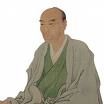
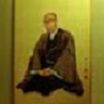






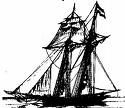


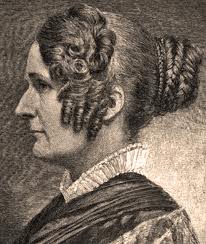

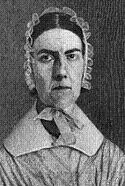
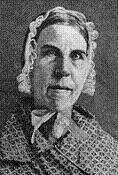

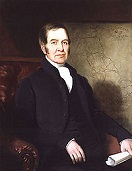




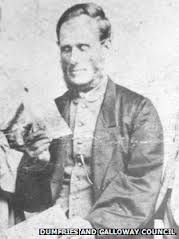





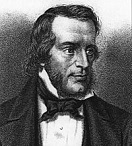

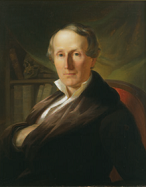

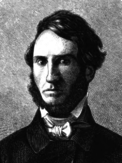











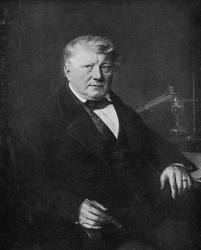

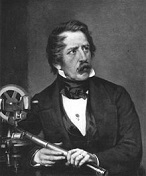
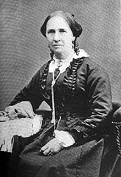

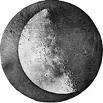
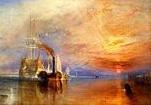
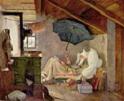
1839 On Jan. 6 the Blizzard of 1839 ravages the NE coast of the U.S. for 12 hours, destroying 20 ships and killing 40, incl. the Favorite from Wicasset, Maine, which is wrecked on Norman's Woe Reef in Cape Ann off Gloucester, Mass., becoming the subject of Henry Wadsworth Longfellow's 1842 poem The Wreck of the Hesperus. On Jan. 7 after partnering with Nicephore Niepce in 1829, French artist Louis Jacques Mande (Mandé) Dauguerre (1787-1851) gives his first public demonstration of his new photographic process, and it becomes an instant hit, launching "daguerréotypomanie"; "An hour later, all the opticians' shops were seiged, but could not rake together enough instruments to satisfy the onrushing army of would-be daguerreotypists; a few days later you could see in all the squares of Paris three-legged dark-boxes planted in front of churches and palaces." (Helmut Gernsheim); on Feb. 23 the earliest report of the Daguerrotype in the U.S. appears in the Boston Daily Advertiser, which calls it a "remarkable invention"; in Sept. Robert Cornelius of Philadelphia learns the process and begins making improvements; at least two dozen men from Norway to Brazil step forward to claim precedence over Daguerre? On Jan. 20 Chilean govt. forces under Gen. Manuel Bulnes (1799-1866) defeat Peru-Bolivian Confederation forces at the Battle of Yungay in Peru. On Jan. 29 Charles Darwin (b. 1809) marries Emma Wedgwood (b. 1808), granddaughter of pottery king Josiah Wedgwood; they have 10 children, incl. Anne Elizabeth "Annie" Darwin (1841-51), Sir George Howard Darwin (1845-1912), and Sir Francis Darwin (1848-1925) - survival of the fittest joke here? In Jan. after getting the first British consulate opened in Jerusalem, ardent Zionist Tory MP Anthony Ashley Cooper, 7th Earl of Shaftesbury (1801-85) pub. an article in the Quarterly Review proposing resettlement of Jews in Palestine, the first by a major politician, and talks British foreign secy. Henry John Temple, 3rd Viscount Palmerston (1784-1865) (AKA Pam) into stepping up plans to return Jews; next Nov. 4 he takes out a full-page ad in the Times of London addressed to the Protestant monarchs of Europe, calling for them to help restore the Jews to the Holy Land, which stirs up a group of 320 Christians to send a letter to Palmerston on Mar. 2, 1841 "to remind your Lordship that the land of Palestine was bestowed by the Sovereign of the Universe upon the descendants of Abraham as a permanent and inalienable possession nearly 4,000 years ago, and that neither conquests nor treaties among men can possibly affect their Title to it. He has also decreed that they shall again return to their country and that the Gentiles shall be employed as the means of their restoration." On Feb. 20 the Jonathan Cilley slaying of the year before spurs Congress to prohibit dueling in the District of Columbia - stick to all-out Civil War? In Feb. the bloodless Aroostook War between New Brunswick and Maine over their boundary begins; pres. troubleshooter Gen. Winfield Scott keeps the hotheads in check, an agreement in Mar. averts actual fighting, and the matter is settled in 1842 by the Webster-Ashburton Treaty. On Mar. 23 the Boston Morning Post carries the earliest use of the expression "O.K." (meaning "oll korrect"), and it enters the Am. English language as Dems. first use it to abbreviate Old Kinderhook, then the Whigs steal it to put on pro-Harrison cider barrels, claiming Andy Jackson invented it. On Mar. 29 the Young Ireland movement is founded by Protestant Thomas Osborne Davis (1814-45) at a meeting of the College Historical Society in Dublin, promoting Irish nationalism along with Catholic-Protestant unity, with the soundbyte: "The country of our birth, our educations, our recollections, ancestral, personal, national; the country of our loves, our friendships, our hopes; our country: the cosmopolite is unnatural, base - I would fain say, impossible. To act on a world is for those above it, not of it. Patriotism is human philanthropy"; he goes on to compose the influential song A Nation Once Again (July 13, 1844). In Mar. the Pastry War (begun 1838) ends after Santa Anna loses a leg trying unsuccessfully to defend Veracruz, and agree to pay the full 600K pesos demanded by the Frogs, who withdraw their fleet. In Mar. the last group of Cherokees reach Okla.; they adopt a constitution on Aug. 23. Attention please, this is a public auction notice? On Apr. 19 the Treaty of London between Britain, Austria, France, Prussia, Russia on one side, and the Netherlands on the other is signed to settle the dispute between the Dutch and their former Belgian subjects; W Luxembourg is given to Belgium, while E Luxembourg continues in union with the Netherlands, as a grand duchy and member of the German Confederation; in Article 7 Britain pledges to save the chicken, er, guard the neutrality of Belgium in the event of its invasion, beginning the Long Fuse Leading to WWI (Article 7, not Article 9, isn't it always number 9?); meanwhile the original coalition govt. in Belgium falls apart as the Roman Catholics split from the Liberals, the latter being led by utopian socialist Charles Latour Rogier (1800-85), calling for secular reforms. In Apr. Commodore Edwin Ward Moore (1810-65) becomes fleet cmdr. of the new Second Texas Navy (until July 1843), running it during its glory years, battling Mexican ironclads to keep the Texas Repub. afloat; too bad, he ends up getting fired in disgrace for piracy in 1843 by Sam Houston when he regains the presidency, and the naval vessels are sold at auction. On May 7 after the Whigs lose seats in the parliamentary election, reducing their majority to only 38, and the cabinet, able to carry a measure by a majority of only five in a full house resigns, the Bedchamber Crisis results when Whig PM Viscount Melbourne advises Victoria to appoint Tory Sir Robert Peel as his successor, and she balks at the latter's suggestion that she replace Whigs with Tories in her royal household (ladies of the bedchamber), because Peel considers them as holders of political offices, not just personal attendants; on May 13 Peel gives a speech, declining to form a ministry, and Viscount Melbourne returns against his own wishes; the rising Irish agitation for home rule causes his cabinet to fall. In May Louis Auguste Blanqui (1805-81) et al. stage an unsuccessful uprising against the French govt., and he is arrested and sentenced to life in prison, but pardoned early in 1848. On June 13 unpopular Serbian prince (since Nov. 6, 1817) Milos Obrenovic I abdicates in favor of his sickly eldest son Milos Obrenovic II (b. 1819), who spends all 26 days of his rule in a coma, dying on July 8, and his younger brother Michael (Mihailo) III Obrenovic (1823-68) becomes prince of Serbia (until Sept. 14, 1842). On June 24 after Mehmet Ali informs Britain and France on May 25, 1838 that he intends to declare independence from the Ottoman Empire, which they try in vain to stop, the Egyptians under Hafiz Pasha are badly defeated at the Battle of Nizip (Nezib) (Nessib) in S Syria (Lebanon) by Mehmet Ali, and on July 1 Ottoman sultan (since 1808) Mahmud II (b. 1785) dies of TB, and his Euro-educated French-speaking son Abdul Mecid (Mejid) I (1823-70) becomes Ottoman sultan #31 (until June 25, 1861), after which the entire Turkish fleet under Adm. Ahmed Fevzi Pasha sails to Alexandria and surrenders to Mehmet Ali on the pretext that the new sultan's advisers are owned by Russia, leading to the Second Egyptian-Ottoman (Turko-Egyptian) (Syrian) War (ends 1841), with a British-Austrian expeditionary force occupying Beirut and Acre and forcing Mehmet Ali to submit off Alexandria; on Nov. 3 under British pressure the sultan issues the Noble Rescript (Noble Edict of the Rose Chamber), declaring an end to corruption and arbitrary rule (e.g. instant death at will), and inaugurating the Tanzimat ("reorganization") Era of the Ottoman Empire (ends 1876), trying to continue his daddy's Westernization and modernization program while encouraging Ottomanism and discouraging nationalism, which, as Westerners also find out, can't be stopped; reforms start with abolition of public slave markets in the 1840s, outlawing of the turban in favor of the fez, and eventually incl. secularism and decriminalization of homosexuality, which only pisses-off the hardcore Muslims more, leading to a reactionary movement that resists all reforms. In June the 1839 Hawaiian Bill of Rights (Hawaiian Constitution) is proclaimed by Kamehameha III, providing the groundwork for a free enterprise systema and guaranteeing that the Hawaiian people won't lose their land. In the summer massive increases in state borrowing and the collapse of internal improvement projects in the W and S U.S. lead to the Crisis of 1839, beginning four years of deflation and depression in the U.S. In June-Oct. Imam Shamil and his 4K followers are sieged in their stronghold of Akhoulgo on the Andee Koisou River 10 mi. E of Gimry; after 80 days the Russians win a V after taking 3K casualties while wiping out the rebels, except Shamil, who escapes with a small party. On July 1 Spanish sloop La Amistad (Sp. "friendship"), carrying 50 African slaves recently sold in Havana, Cuba is taken over by the slaves, who kill the captain and one crewman, and hold two Spaniards captive to act as navigators to sail them back to Africa; a U.S. naval vessel intercepts them, releases the Spaniards and imprisons the Africans, and they are indicted for murder, causing U.S. abolitionists to take up their cause. On Aug. 31 the Convention (Embrace) of Vergara is signed in Vergara (Bergara), Gipuzkoa, Basque Spain by Gen. Baldomero Esartero for the Isabelinos and Gen. Rafael Maroto for the Carlists, Gen. Rafael Maroto for the Carlists, ending the First Carlist War (begun Sept. 29, 1833), recognizing the ranks and titles of 1K Carlist officers but pissing-off the Basques with its perfunctory treatment of home rule, causing Carlist gen. Ramon Cabrera y Grino (Ramón Cabrera y Griñó) (1806-77) to continue fighting in C Spain, holding out to next July, when his troops flee to France along with pretender Don Carlos Maria, waiting for the chance to return (1848). In Aug. the First Anglo-Afghan War begins (ends 1842) when the British East India Co. sends an army to dethrone Dost Mohammed and replace him with ousted Shah Shoja of the rival Sadozay clan of the Durranis, taking Kandahar and Kabul and installing him as their puppet. On Sept. 20 the ship Tory carrying the New Zealand Co. begins settling the city of Wellington, New Zealand at the SW tip of North Island between Cook Strait and the Rimutaka Range (modern-day pop. 416K) (named after Arthur Wellesley, 1st Duke of Wellington), followed next Jan. 22 by 150 more settlers on the ship Aurora; in 1865 it replaces Auckland as the capital of New Zealand, becoming the closest nat. capital to Antarctica. In Sept. the Zurich Revolt in Switzerland caused by crop failures and led by peasant-backed conservatives topples the liberal govt. On Oct. 3 the Naples-Portici Railway opens, becoming the first railway line in Italy; it goes on to carry 131K passengers by the end of the year, and 1M in one year; in 1842 it is extended to Castellammare di Stabia, and in 1844 to Nocera. On Oct. 12 after their big V at Blood River, the Boer Voortrekkers set up the independent Natalia Repub., with capital at Pietermaritzburg, which allies with the Zulu next Jan. before being annexed by Britain on May 12, 1843. On Oct. 15 after her mother and uncle get him to visit her days earlier, Victoria proposes to Prince Albert of Saxe-Coburg-Gotha, her first cousin, and the engagement is announced soon afterward. On Nov. 3 after the Chinese attempt to curb British imports of opium, detaining British ships and destroying 2.64M lbs. of British opium, the First Anglo-Chinese (Opium) War begins (ends Aug. 29, 1842); Chinese junks prove no match for British warships, so it's a cakewalk for the British, although it's a big country? Christian VIII (1786-1848) becomes king of Denmark (unti Jan. 20, 1848). On Dec. 4-8 the first 1839 Whig Nat. Convention in Harrisburg, Penn. sees Henry Clay, who declared on Feb. 7 "I had rather be right than president" lead on the first ballot, but the convention wants a Whiggish Jackson type and ends up picking Gen. William Henry Harrison of Ohio for pres., and Clay's close friend John Tyler of Va. for vice-pres.; wellborn, college-educated (U. of Penn.) Harrison is made-over into a hard cider-tippling war hero who was born in a log cabin, with the slogan "Tippecanoe and Tyler Too"; Harrison is advised to "say nothing, promise nothing" by his backers who stage countless rallies, parades, and barbecues in his honor, gaining him the title of "General Mum". The British Metropolitan Police Act of 1839 greatly increases the powers granted to London bobbies in the 1829 act, incl. powers over shipping arriving in the Port of London and on the Thames River, the power to close public houses (pubs) on Sun., Xmas, and Good Friday until 1 p.m., prohibit the sale of alcoholic drinks to minors under 16 years of age, jail drunks et al., along with the power to police "nuisances by persons in thoroughfares", incl. "furious driving", distribution of obscene lit., disturbances of the peace incl. abusive language, etc. Guatemala breaks with Spain and becomes a repub., with Rafael Carrera as virtual dictator for life (1865), backed by mestizo Indians and the Roman Catholic Church; he reinstates ecclesiastical privileges and abolishes the head tax, allowing Indians to keep their communal properties. Uruguay declares war against Argentina, launching the Uruguayan Civil War (Guerra Grande) (ends 1851). Don Carlos Maria, pretender to the throne of Spain is defeated and escapes to France. Thomas Buchanan (1808-41), white cousin of future U.S. pres. James Buchanan becomes the first pres. of Liberia, a PC way of dumping black and partly-black slaves back in Africa rather than set them free in America and let them go after our white wimmin? - white massah must get you a good start so you won't want to return? The Rebecca Riots in SW Wales begin as men dress up in women's clothing and attack the hated tollgates of the monied landowners (ends 1843). Delegates from manufacturing towns meet in London and prepare a monster petition of worker grievances, which is disregarded by the House of Commons, causing Chartism to split into violent and peaceful but defeated factions. The British capture Aden in S Yemen and make it into a major port. The U.S. Congress begins employing young people in a clerical capacity as pages. U.S. Rep. John Quincy Adams introduces a bill to abolish slavery in the U.S., which doesn't get anywhere; next is on Dec. 14, 1863. After the site is chosen to replace Houston as the new capital of Tex., the city of Austin, Tex. (Lat. "magnificent") (modern-day pop. 2.0M/967K) on the Colorado River is incorporated, named after Stephen F. Austin "the Father of Texas" (first Tex. secy. of state); it goes on to become known as "the City of the Violent Crown" (sunset light on the hills), "the Live Music Capital of the World", and "Silicon Hills". After a Mo. tax collector in the new Iowa Territory cuts down three hollow trees containing honey bee hives in lieu of taxes, and Clark County, Mo. sheriff Uriah S. "Sandy" Gregory is arrested by the sheriff of Van Buren County, Iowa for attempting to collect Mo. taxes, the Honey War between Iowa and Mo. begins, with militias assembling at the border; in 1849 after Iowa enters the Union in 1846, the U.S. Supreme Court upholds the Sullivan Line ending at the Des Moines River as the border. After being chased from Mo. during the winter, Joseph Smith and his 12K Mormons found the city of Nauvoo, Ill. in Hancock County on the Mississippi River 100 mi. upriver of St. Louis, Mo. The town of Pietermaritzburg in South Africa 41 mi. W of the Indian Ocean and 73 mi. WNW of Durban is founded as the capital of Natal. My name is Earl, but wrong coast? After an earlier visit, Rev. Jason Lee (1803-45) rounds up a party of white settlers from Peoria, Ill. to settle Oregon, with the avowed goal to "raise the American flag and run the Hudson's Bay Company out of the country"; Oregon Fever begins. The British ships Erebus and Terror, commanded by James C. Ross and F.R.M. Crozier set out on a voyage of the Antarctic. Am. travellers John Lloyd Stephens (1805-52) and Frederick Catherwood (1799-1854) (an artist) discover and explore the ancient Mayan ruins in Central Am. Lydia Maria Child (1805-80), Lucretia Mott (1793-1880), and Maria Weston Chapman (1806-85) are elected to the exec. committee of the Anti-Slavery Society, pissing-off some of the men. The British reform their postal system, dropping rates by 85%; the U.S. Post Office, ever-known for waste faces its first competition by private companies, causing Congress to keep lowering postal rates a total of 80% by 1851 to drive them out of business. The Custody of Children Act gives British mothers not guilty of adultery the right to custody of their children under age seven. The seaport of Fort-de-France, capital of Martinique in the French West Indies is hit by an earthquake. The Korean govt. begins persecuting Roman Catholics again. The Japanese govt. clamps down on scholars of Rangaku ("Dutch Learning") (Western learning), imprisoning leading scholars Watanabe Kazan (1793-1841) and Takano Choei (1804-50); meanwhile Sakuma Shozan (1811-64) laps up Western science and Chinese philosophy at the same time, coining the phrase, "Eastern morality and Western technology" - be patient, Grasshopper? A bumper cotton crop overloads the market, setting off a depression in the U.S. cotton industry until the mid 1840s. James K. Polk becomes gov. of Tenn. (ends 1841). The Hungarian Diet passes legislation to make Indo-Altaic (Ugric) Magyar (pr. MODE-YAR) language (which traces back to Mongolia) the official language of Hungary, and to free peasant holdings from feudal obligations. Residence and work requirements for Chinese are removed in the Philippines, leading to an increase in the Chinese pop. John Stokes discovers Darwin Bay in Australia. The city of Corpus Christi, Tex. (Lat. "Body of Christ") (modern-day pop. 305K/320K) in coastal S Tex. is founded by Col. Henry Lawrence Kinney (1814-62) as Kinney's Trading Post to sell supplies to a Mexican rev. army. The Ecclesiological Society (originally the Cambridge Camden Society until 1845, named after 16th cent. antiquary William Camden) is founded by undergraduate students of Cambridge U. to promote "the study of Gothic Architecture, and of Ecclesiastical Antiques", going on in Oct. 1841 to pub. the monthly journal The Ecclesiologist, which advocates a return to the medieval style of church architecture in England, growing to 700+ members in the 1840s; in 1841 the society pub. the pamphlet "A Few Words to Church-Builders", recommending the early English style for small chapels and the decorated (perpendicular) style for large ones, recommending the later for all churches in the 3rd (1844) ed.; too bad, Anglican members begin suspecting the motives of Roman Catholic and Quaker members. Ceylon begins minting quarter farthing (one-sixteenth of a penny) coins (until 1853), which end up becoming part of the British mintage even though they are too small for practical use. The prickly pear is introduced to Australia for use as hedging, but it grows out of control and by 1925 infests 60M acres, until Am. caterpillars get it under control. After Queen Victoria grants him the first license to haul mail across the Atlantic, Sir Samuel Cunard (1787-1865) founds the British and North Am. Royal Mail Steam Packet Co., later known as the Cunard Line, which later bills itself as "the most famous ocean liners in the world". The first railway is opened in Wales. The first newspapers with photographs appear. The phrase "don't give a tinker's damn" first appears. After Ross' Landing was used last year by the U.S. Army as the site one of three large internment camps (along with Fort Payne, Ala. and Ft. Cass, Tenn.) for Cherokees on their way down the Trail of Tears, the city of Chattanooga, Tenn. (modern-day pop. 168K/548K) in SE Tenn. on the Tennessee River 120 mi. NW of Atlanta, Ga., 120 mi. SW of Knoxville, Tenn., 135 SE of Nashville, Tenn., 120 mi. NE of Huntsville, Ala., and 148 mi. NE of Birmingham, Ala. is incorporated, becoming a boom town after the arrival of the railroad in 1850, with the slogan "Where cotton meets corn". Swiss watchmaker Patek Philippe is founded in Geneva. John Lowell Jr. (1799-1836), son of Francis Cabot Lowell founds the Lowell Inst. in Boston, Mass. to provide free public lectures by eminent scholars. Framingham State Teachers College in Lexington, Mass. is founded, becoming the first teachers college in the U.S.; in 1852 it is moved to Framingham, Mass. 21 mi. WSW of Boston. Longwood U. in Farmville, Va. (2 mi. from the Israel Hill community of free black people formed about 1800) is founded on Mar. 5 by Methodist minister Solomon Lea as the Farmville Female Seminary Assoc. (until June 5, 1875); in early Apr. the Union and Confed. armies march past the N end of the campus before the Apr. 9, 1865 Battle of Appomattox Court House; in 1951 a student strike at Robert Russa Moton H.S. at the S end of the campus helps lead to the U.S. Supreme Court case Brown v. Board of Education; it goes coed in June 1976. State-supported Virginia Military Inst. (VMI) is founded at the state arsenal in Lexington, Va., becoming known as "the West Point of the South". French Socialist Jean Joseph Charles Louis Blanc (1813-82) founds the Socialist periodical Revue du Progres. Hunt's Merchants' Mag. and Commercial Review begins pub. (until 1870), becoming the first of its kind in the U.S. Charles Darwin becomes secy. of the Geological Society of London (until 1841). Brainy Providence, R.I. school principal and language teacher Sarah Margaret Fuller begins running meetings for women in Boston, allowing her to gather material to prove that women deserve equal rights. The Am. Journal of Dental Science is founded by Chapin Aaron Harris (1806-60). The Nurse Society of Philadelphia in Penn. is founded by Quaker physician Joseph Warrington, who pub. "The Nurse's Guide, Containing a Series of Instruction to Females Who Wish to Engage in the Important Business of Nursing Mother and Child in the Lying-In Chamber", employing 50 nurses by 1850, who are sent to care for patients in their homes. Harriet Martineau is declared fatally ill by physicians, but is cured in 1844 by Mesmerism? Joseph Smith Jr. sends the Quorum of the Twelve Apostles on a mission to the British Isles (ends 1841); Orson Pratt Sr. (1811-81) preaches in Scotland, and pub. the tract "An Interesting Account of Several Remarkable Visions", containing the first pub. of Smith's First Vision, along with parts of Smith's 1842 Articles of Faith; meanwhile Smith gives a sermon, in which he teaches that Adam is actually archangel Michael, and that he held the First Presidency in his pre-mortal life, and now holds "the keys of the Universe", hence all priesthood keys (abilities to unlock various priesthood powers) are revealed from heaven; next year he adds that Adam is the one "through whom Christ has been revealed from heaven, and will continue to be revealed from henceforth"; he finally goes all the way and claims that God was once a man "like one of us" in his 1844 King Follette discourse; Brigham Young becomes a big fan of this Looney Tunes doctrine; Smith also teaches belief in the Heavenly Mother, telling Zina Diantha Huntngton Jacobs Smith Young (1821-1901) after her mother died: "Not only would she know her mother again on the other side, but 'more than that, you will meet and become acquainted with your eternal Mother, the wife of your Father in Heaven'"; Zina later marries Joseph Smith Jr. and Brigham Young while still married to her first husband Henry Jacobs, and becomes pres. #3 of the LDS Relief Society in 1888-1901. French artist Alexandre Gabriel Decamps (1803-60) gets three of his paintings exhibited in the Salon, and receives the Legion of Honor, making him BMOC in France. Failed novelist Nathaniel Hawthorne (b. 1804) gets a job as a weigher in the Boston, Mass. customhouse (until 1841). Felix Mendelssohn conducts the first performance of Franz Schubert's 1828 "Great" Symphony in C major in the Leipzig Gewandhaus. Moravian-born Bohemian historian Francis Palacky (1798-1876) is appointed historiographer of Bohemia by the Austrian govt., and goes on to serve in the Austrian parliament, where he fights for an autonomous federated Czech state consisting of Moravia, Bohemia, and Silesia - you can't hurry love, you just have to wait? English poet laureate Robert Southey marries poet Caroline Anne Bowles (1786-1854) two years after his first wife Edith dies. Sports: On Feb. 18 the Detroit Boat Club is founded. In July the Henley Royal Regatta at Henley-on-Thames is first staged, becoming the #1 English amateur rowing event; it takes until 1914 for a U.S. team to win it (Harvard College). Abner Doubleday (1819-93) allegedly invents Baseball in Cooperstown, N.Y., although he is enrolled at West Point from 1838-42 and cadets are not allowed to leave campus in their early years; becoming a famous Union Civil War. gen. who fired the first Union shot at Ft. Sumter probably helped him grab the credit - if he even did that? Inventions: On Feb. 24 Pelham, Mass.-born William Smith Otis (1813-39) of Philly (older cousin of elevator man Elisha Otis) patents the Steam Shovel, then dies on Nov. 13. English-born Am. scientist John William Draper (1811-82) becomes the first person in N.Y. to use the Daguerre process, and makes photographs of the Moon; a photo he makes next year of his sister Dorothy Catherine Draper becomes the oldest photographic portrait to survive to modern times; meanwhile after Louis Daguerre's invention is announced in Jan., English inventor William Henry Fox Talbot (1800-77) claims priority (1835) over Daguerre in photography and argues his case before the Royal Society. Am. inventor Charles Goodyear (1800-60) invents the Vulcanization Process for Rubber, which he patents on June 15, 1844, leading to the mass production of rubbers, AKA condoms; denture bases, previously made of gold, become affordable to the masses; too bad, English scientist Thomas Hancock (1786-1865) patents vulcanization of rubber on May 21, 1844, and Goodyear only comes up with his 1839 story in his 1853 autobio. Gum-Elastica; starting in 1890 Brazil experiences a rubber boom, going from 31 tons exported this year to 27K tons in 1900. In 1839 Welsh inventor Sir William Robert Grove (1811-96) invents the Platinum-Zinc Battery (Grove Cell), and uses it to power an electric arc light in the Finsbury Circus in London. The Velocipede, a Draisienne with pedals on the rear wheels (first true bicycle) is invented by Scottish blacksmith Kirkpatrick Macmillan (1810-78). German physicist Carl August von Steinheil (1801-70) uses silver chloride and a cardboard camera to take negative photos at the Museum of Art and the Munich Frauenkirche, taking another photo of the negatives to produce positives on 4 cm. round stock, becoming known as the Steinhell Method, the first daguerreotypes in Germany; he goes on to discover ground electicity and invent the electric clock and a method of silver-coating curved glass surfaces (with Leon Foucault). Science: French Parisian physicist Antoine Cesar Becquerel (1788-1878) and his son Alexandre Edmond Becquerel (1820-91) discover the Photoelectric (Photovoltaic) Effect. German philologist Franz Bopp claims that Celtic (Gaelic) is a part of the Indo-European language family - he's fighting for their free-ee-dom? German scientist Heinrich Wilhelm Dove (1803-79) discovers how Binaural Beats, slightly different frequencies played separately to each ear can be used to induce relaxation. German chemist Justus von Liebig works out a description of the process of fermentation which discounts the possibility that yeast consists of living microorganisms. German mad scientist Baron Karl Reichenbach goes off the deep end and falls for the works of Franz Anton Mesmer, coming up with Odic Force to explain the life force that permeates and connects all living things - Odic Wan Kenobe joke here? Czech physiologist Jan Evangelista Purkinje (Purkyne) (1787-1869) coins the term "protoplasm" for the fluid substance of a cell. Swiss chemist Carl Gustav (Gustaf) Mosander (1797-1858) discovers the rare-earth metallic element Lanthanum (La) (#57) (Gr. for hidden). Ozone (O3) (gr. "ozein" = to smell) is discovered and named by German-Swiss scientist Christian Friedrich Schoenbein (Schönbein) (1799-1868), co-inventor of the fuel cell in 1838; its molecular structure and formula is determined in 1865 by Swiss chemist Jacques-Louis Soret (1827-90), which are confirmed by Schoenbein in 1827. The vitalist theory of animal life is dumped, and the cell-growth theory of biology is boosted by German histologist Theodor Schwann (1810-82) with his discovery of animal cells, consisting of protoplasm separated by membranes, all mature tissues of animals being traceable to embryonic, nucleated cells; he discovers yeast cells, and generalizes that cells are the common structural and functional unit of all living organisms - and likes to paint his trucks mustard yellow? Berlin apothecary Eduard Simon discovers Polystyrene in storax, the resin of the Turkish sweetgum tree Liquidambar orientalis. Eugene Soubeiran and Hyacinthe Captaine discover Cubebin. The acute disease of bends (caisson disease) (aeroembolism) is first observed. Nonfiction: Anon., The Prophecy of Orval; allegedly by Nostradamus. George Bancroft, History of the Colonization of the United States. Louis Blanc (1813-82), L'Organisation du Travail; argues for state-financed producers' assocs.; contains the immortal soundbyte: "To each according to his needs, from each according to his abilities." George Bradshaw (1800-53), Bradshaw's Railway Time Tables and Assistant to Railway Travelling (Oct. 19); first railway timetable compilation. Joseph Stevens Buckminster (1784-1812), Collected Sermons (posth.). Thomas Carlyle (1795-1881), Chartism; the evils of British capitalism. Theodore Dwight (1764-1846), The Character of Thomas Jefferson as Exhibited in His Own Writings; makes Abraham Lincoln "hate him as a man." (William Herndon) Michael Faraday (1791-1867), Experimental Researches in Electricity (1839-55). Johann Wolfgang von Goethe (1749-1832), Complete Works (40 vols.) (posth.) (1839-40); ed. Johann Peter Eckermann and Friedrich Wilhelm Riemer. Sylvester Graham (1794-1851), Lectures on the Science of Human Life (2 vols.). Chapin Aaron Harris (1806-60), The Dental Art (Principles and Practice of Dental Surgery). Eliphas Levi (1810-75), Of the Moral Customs and Doctrines of Rationalism in France. William Hamilton Maxwell (1792-1850), Life of the Duke of Wellington (1839-41). Jules Michelet (1798-1874), Histoire Romaine. Samuel George Morton (1799-1851) and George Combe (1788-1858), Crania Americana: or, A Comparative View of the Skulls of Various Aboriginal Nations of North and South America: To which is Prefixed an Essay on the Varieties of the Human Species (3 vols.) (1839-49); claims after making his own measurements that Caucasians have the biggest brains of all races, and Negroes the smallest, proving racial superiority and inferiority, respectively; claims that the ancient Egyptians were Caucasian based on brain sizes despite frequent Negroid facial features; backs the creation story in Genesis, but claims that God created the different races via a series of multiple racial creations AKA polygenism, and that they are therefore fixed, making him "the Father of Am. Physical Anthropology", giving scientific racism its foundation and making big fans of Southern Ams. who want to keep the races separated with whitey as the massuh; too bad, Charles Darwin's 1859 "The Origin of Species" upends the debate. John Muir (1810-82), Mataparika: Sketch of the Argument for Christianity and Against Hinduism; is sympathetic to Hinduism and the "Hindu genius" while claiming Christianity is superior, pissing-off Indian scholars, who churn out works claiming the reverse. Theodor Schwann (1810-82), Mikroskopische Untersuchungen uber die Ubereinstimmung in der Structur und dem Wachsthum der Thiere und Pflanzen. Jean Charles Leonard Simonde de Sismondi (1773-1842), Precis de l'Historie des Francais. Jared Sparks (1789-1866), Life of Washington. John K. Townsend, Narrative of a Journey across the Rocky Mountains to the Columbia River; sparks Oregon Fever. Theodore Dwight Weld (1803-95) et al., American Slavery As it As: Testimony of a Thousand Witnesses; makes a fan of Harriet Beecher Stowe; 2nd most influential anti-slavery book after her "Uncle Tom's Cabin". Music: John Barnett (1802-90), Farinelli (opera). Frederic Chopin (1810-49), Piano Sonata No. 2 in B-flat minor, Op. 35 ("Funeral March"). Alexander Dargomyzhsky (1813-69), Esmeralda (first opera); based on Victor Hugo's "Notre Dame de Paris". Fromental Halevy (1799-1862), Les Treize (opera); Le Sherif (opera); Le Drapier (opera). Samuel Lover (1797-1868), Songs and Ballads; incl. Rory O'More; The Low-backed Car; Molly Bawn; The Angel's Whisper. Carl Otto Nicolai (1810-49), Enrico II (opera) (Trieste). Giuseppe Verdi (1813-1901), Oberto, Conte di San Bonifacio (2-act opera) (first opera) (Nov. 17) (Teatro alla Scala, Milan); libretto by Temistocle Solera; British debut in Feb. 1982 in Bloomsbury Theatre, London. Art: Karl Spitzweg (1808-85), The Poor Poet (Der Arme Poet). J.M.W. Turner (1775-1851)), The Fighting Temeraire Tugged to Her Last Berth to be Broken Up; the famous 98-gun British ship is headed to East London to be scrapped; his masterpiece? Plays: Edward Bulwer-Lytton (1803-73), Richelieu; Or the Conspiracy; "The pen is mightier than the sword". Casimir Delavigne (1793-1843), La Fille du Cid. Alexandre Dumas pere (1802-70), L'Alchimiste. Poetry: John Galt (1779-1839), The Demon of Destiny and Other Poems. Yevhen Hrebinka (1812-48), A Ukrainian Melody; Getman Virgovskii. Alphonse de Lamartine (1790-1869), Recueillements Poetiques. Henry Wadsworth Longfellow (1807-82), Voices of the Night. John Sterling (1806-44), Poems. Johan Sebastian Welhaven (1807-73), Poems. Novels: William Harrison Ainsworth (1805-82), Jack Sheppard; London highwayman Jack Sheppard (1702-24). Nicolaas Beets (1814-1903), Camera Obscura; pub. under the alias "Hildebrand"; he keeps adding to it until 1851; a 1-shot wonder? William Carleton, Fardorougha the Miser. Joseph von Eichendorff (1788-1857), Die Entfuhrung. Theodor Fontane (1819-98), Sibling Love (Geschwisterliebe) (first novel); about incest; a flop, causing him to give up novel-writing until he turns 57 (1878). Mikhail Lermontov (1814-41), A Hero of Our Times (Geroi Nashevo Vremeni) (only novel). Charles James Lever (1806-72), The Confessions of Harry Lorrequer; makes him an instant success. Henry Wadsworth Longfellow (1807-82), Hyperion: A Romance (first novel); Am. traveler Paul Flemming in Germany. Edgar Allan Poe (1809-49), Tales of the Grotesque and Arabesque; incl. William Wilson, The Fall of the House of Usher; Roderick's sister Madeline is in a catatonic trance. George Sand (1804-76), Pauline. Jules Sandeau (1811-83), Marianna; about his babe George Sand. Stendhal (1783-1842), The Charterhouse of Parma (La Chartreuse de Parme); young Italian nobleman Fabrice del Dongo from his 1798 birth his death, incl. his upbringing in a castle on Lake Como, his attempt to join Napoleon's army in Mar. 1815 (the Hundred Days), and his witnessing of the June 18, 1815 Battle of Waterloo. Births: Am. "Maryland, My Maryland" poet-journalist James Ryder Randall (d. 1908) on Jan. 1 in Baltimore, Md.; educated at Georgetown U. Am. Civil War Confed. Maj. (founder of the Kansas City Times) John Newman Edwards (d. 1889) on Jan. 24 in Warren County, Va.; grows up in Lexington, Mo.; adjutant to Gen. Joseph O. Shelby. English novelist Ouida (Marie Louise de la Ramee) (Ramée) (d. 1908) (pr. WEE-da) on Jan. 7 in Bury St. Edmunds; French father, English mother; pen name is her childhood pronunciation of "Louisa"; known for chars. who rebel against Victorian morality. U.S. Copper King Sen. (D-Mont.) (1899-1907) William Andrews Clark Sr. (d. 1925) on Jan. 8 in Connellsville, Penn.; father of William Andrews Clark Jr. (1877-1934). French Post-Impressionist painter Paul Cezanne (Cézanne) (d. 1906) on Jan. 19 in Aix-en-Provence; likes to play the "provincial" artist, with big beard and Provencal red belt, in a "country bumpkin goes to the city" act when in Paris?; makes Mont Sainte-Victoire in S France famous, along with his babe Marie-Hortense Fiquet (1850-1922); known for repetitive, small exploratory brush strokes, and planes of color. French animal sculptor Alfred "Alf" Barye (Le Fils) (d. 1882) on Jan. 21 in Paris; son of Antoine-Louis Barye (1796-1875). Am. "Margaret Fleming" playwright ("the American Ibsen") James A. Herne (Ahearn) (d. 1901) on Feb. 1 in Cohoes, N.Y.; Irish immigrant parents. Am. physicist ("Founder of Chemical Thermodynamics") (co-inventor of vector analysis with Oliver Heaviside) Josiah Willard Gibbs (d. 1903) on Feb. 11 in New Haven, Conn.; son of Josiah Willard Gibbs; educated at Yale U.; awarded the first Ph.D. in engineering in the U.S. from Sheffield Scientific School at Yale U. Am. telephone exchange inventor Almon Brown Strowger (d. 1902) on Feb. 11 in Penfield (near Rochester), N.Y.; starts out as an undertaker. German mathematician Christian Gustav Adolph Mayer (d. 1907) on Feb. 15 in Leipzig; educated at the U. of Leipzig, U. of Gottingen, U. of Heidelberg, and U. of Konigsberg; teacher of Friedich Engel, Felix Hausdorff, and Gerhard Kowalewski. English palaeontologist Harry Govier Seeley (d. 1909) on Feb. 18 in London; educated at Sidney Sussex College, Cambridge U. Spanish Battle of Santiago de Cuba adm. Pascual Cervera y Topete (d. 1909) on Feb. 18 in Medina-Sidonia, Cadiz. Am. "Yes, Virginia, there is a Santa Claus" newspaper ed. Francis Pharcellus Church (d. 1906) on Feb. 22 in Rochester, N.Y.; educated at Columbia U. German archeologist Reinhard Kekule (Kekulé) von Stradonitz (d. 1911) on Mar. 6 in Darmstadt; nephew of Friedrich August Kekule von Stradonitz (1829-96); educated at the U. of Erlangen, and U. of Berlin; student of Enrico Brunn (1822-94). German-English chemical industrialist (Jewish) Ludwig Mond (d. 1909) on Mar. 7 in Cassel; son of Meyer Mond (1811-); marries his cousin Frida, heiress of a Jewish banker in Cologne; father of Sir Alfred Mond, 1st Baron Melchett. Am. dishwasher inventor Josephine Garis Cochran (Cochrane) (d. 1913) on Mar. 8 in Ashtabula County, Ohio. Am. chemist James Mason Crafts (d. 1917) on Mar. 8 in Boston, Mass.; educated at Harvard U.; first prof. of chemistry at Cornell U. (1868-70). Am. printer and book-art collector (inventor of the rotary art press) Robert Hoe III (d. 1909) on Mar. 10 in New York City; nephew of Richard March Hoe (1812-86). English antiquarian-writer and fencer Capt. Alfred Hutton (d. 1910) on Mar. 10 in Beverley, Yorkshire; educated at Univ. College, Oxford U. British Adm. (CIC of the Australian Squadron and China Squadron) Sir Cyprian Arthur George Bridge (d. 1924) on Mar. 13 in St. John's Newfoundland; knighted in 1899. Am. artist Daniel Ridgway Knight (d. 1924) on Mar. 15 in Chambersburg, Penn.; known for painting peasant women outdoors. Am. marathon walker ("the Father of Modern Pedestrianism") Edward Payson Weston (d. 1929) on Mar. 15 in Providence, R.I. French poet-novelist Rene Francois Armand (Sully) Prudhomme (d. 1907) on Mar. 16 in Paris; awarded first Nobel Lit. Prize. Irish portraitist John Butler Yeats (d. 1922) on Mar. 16 in Lawrencetown, County Down; educated at Trinity College, Dublin; father of poet William Butler Yeats (1865-1939) and Jack Butler Yeats (1871-1957) - the butler did it? Russian #1 "Boris Godunov", "A Night on Bald Mountain" composer (alcoholic) Modest Petrovich Mussorgsky (Moussorgsky) (d. 1881) on Mar. 21 (Mar. 9 Old Style) in Karev. Am. inventor William Bell Wait (d. 1916) on Mar. 25 in Amsterdam, N.Y. Am. black hero Robert Smalls (d. 1915) on Apr. 5 in Beaufort, S.C. Russian explorer (Central Asia) Nikolai Mikhaylovich Przhevalski (d. 1888) on Apr. 12 (Mar. 31 Old Style) in Smolensk; Ruthenian parents; namesake of Przhevalski's (Mongolian or Asian) wild horse. Am. anthropologist Frederick Ward Putnam (d. 1915) on Apr. 16 in Salem, Mass. Italian PM (1891-2, 1896-8) Antonio Starabba, Marchese di Rudini (d. 1908) on Apr. 16 in Palermo. Australian poet Thomas Henry Kendall (d. 1882) on Apr. 18 in Yatte Yattah (near Ulladulla), N.S.W. Romanian king (1866-1914) Carol I (d. 1914) on Apr. 20 in Sigmaringen, Germany. German Eichler System botanist August Wilhelm Eichler (d. 1887) on Apr. 22 in Neukirchen, Hesse; educated at the U. of Marburg. Am. Hammond typewriter inventor James Bartlett Hammond (d. 1913) on Apr. 23 in South Boston, Mass.; educated at Boston Latin School, Phillips Academy, U. of Vt., Union Theological Seminary, and U. of Halle. Canadian judge Sir Adolphe-Basile Routhier (d. 1920) on May 8 n Sait-Placide, Quebec; educated at Universite Laval. Paraguayan pres. (1881-6) Juan Bernardino Caballero de Anasco (Añasco) y Melgarejo (d. 1912) on May 20 in Ybycui. Italian Verist novelist-playwright-journalist Luigi Capuana (d. 1915) on May 28 in Mineo. English Pre-Raphaelite artist Henry Holiday (d. 1927) on June 17 in London; uncle of Gilbert Holiday (1879-1937). Brazilian #1 novelist-poet Joaquim Maria Machado de Assis (d. 1908) on June 21 in Rio de Janeiro; mulatto father, Portuguese mother. Am. meat packing king Gustavus Franklin Swift (d. 1903) on June 24 in West Sandwich (Sagamore), Mass. Am. industrialist-philanthropist (Standard Oil founder) (Jewish) John Davison "J.D." Rockefeller Sr. (d. 1937) on July 8 in Richford, N.Y.; 2nd son of salt-timber trader and vagabond William Avery "Big Bill" Rockefeller Sr. (1810-1906) and Eliza Davison (1813-89); brother of William Avery Rockefeller Jr. (1841-1922); father of John Davison Rockefeller Jr. (1874-1960); grows up in Cleveland, Ohio; his Jewish ancestors started out as Sephardic Jews from Spain who fled to Turkey in 1492 then Rockenfeld, Germany under the name Rockenfeller, then passed themselves off as French Huguenots under the name de Roquefeuillie before migrating to Ringoes, N.J. in 1723 and Germantown, N.J. in 1735?; or are they really just areligious Illuminati/Freemasons? Am. Budweiser co-founder Adolphus Busch (d. 1913) on July 10 in Mayence-on-the-Rhine, Kastel (Hesse) Germany; youngest of 21 childen in a wealthy wine-beer wholesaling family; educated at the Collegiate Inst. of Belgiium; emigrates to the U.S. in 1857; serves in the Union Army in N Mo. for 14 mo. Irish scholar-educator-wit Rev. Sir John Pentland Mahaffy (d. 1919) on July 12 in Vevey, Switzerland; educated at Trinity College, Dublin; teacher of Oscar Wilde, who learns about Greek homosexuality from him. Am. legal scholar-atty. John Chipman Gray (d. 1915) on July 14 in ?; half-brother of Horace Gray (1828-1902). Am. Moffat Tunnel financier David Halliday Moffat (d. 1911) on July 22 in Washingtonville, N.Y. French soldier-explorer (of China) Marie Joseph Francis (Francois) Garnier (d. 1873) on July 25 in St. Etienne. Cuban rev. gen. Calixto Garcia y Iniguez (Íñiguez) (d. 1898) on Aug. 4 in Holguin, Santiago. Am. Civil War Union lt. gen. Nelson Appleton Miles (d. 1925) on Aug. 8 in Westminster, Mass. French philologist Bruno Paulin Gaston Paris (d. 1903) on Aug. 9 in Avenay, Marne. Scottish geologist James Geikie (d. 1915) on Aug. 23; educated at the U. of Edinburgh; brother of Sir Archibald Geikie (1835-1924). Am. "Progress and Poverty" political economist (single tax advocate) Henry George (d. 1897) on Sept. 2 in Philadelphia, Penn. Am. philanthropist (abolitionist) Laura Celestia "Cettie" Spelman Rockefeller (d. 1915) on Sept. 9 in Wadsworth, Ohio; descendant of the Puritans; wife (1864-1915) of John D. Rockefeller (1839-1937). Am. philosopher-logician-scientist ("the Father of Pragmatism") Charles Sanders Peirce (d. 1914) (pr. like purse) on Sept. 10 in Cambridge, Mass.; son of Benjamin Peirce (1809-80); educated at Harvard U. Am. Roman Catholic archbishop John Joseph Keane (d. 1918) on Sept. 12 in Ballyshannon, County Donegal, Ireland; emigrates to the U.S. in 1846, is educated in Baltimore, Md., then becomes a priest in 1866, curate of St. Patrick's Church in Washington, D.C. until 1878, then bishop of Richmond, Va. Anglo-Am. "The Morning Breaks, the Shadows Flee" Mormon composer-conductor George Edward Percy Careless (d. 1932) on Sept. 24 in London; educated at the Royal Academy, London; emigrates to the U.S. in 1864. Am. temperance and suffragist leader (pres. of the Woman's Christian Temperance Union in 1879-98) (lesbian) Frances Elizabeth Caroline "Frank" Willard (d. 1898) on Sept. 28 in Churchville, N.Y.; companion of Anna Adams Gordon (1853-1931). German Symbolist painter Hans Thoma d. 1924) on Oct. 2 in Bernau, Black Forest. Am. rear adm. Winfield Scott Schley (d. 1911) on Oct. 9 near Frederick, Md. Am. Dem. politician William Everett (d. 1910) on Oct. 10 in Watertown, Mass.; son of Edward Everett (1794-1865); educated at Harvard U. and Trinity College, Cambridge U. U.S. 6'1 300 lb. Rep. (R-Maine) (1877-99) and House Speaker (1889-91, 1895-9) Thomas Brackett "Czar" Reed (d. 1902) on Oct. 18 in Portland, Maine; educated at Bowdoin College. French impressionist landscape painter Alfred Sisley (d. 1899) on Oct. 30 in Paris; of English parentage. Tahitian king (last) (1877-80) Pomare V (d. 1891) on Nov. 3. English ceramic artist William Frend De Morgan (b. 1917) on Nov. 16 in London; son of Augustus De Morgan (1806-71). German physicist August Adolph Eduard Eberhard Kundt (d. 1894) on Nov. 18 in Schwerin, Meclenburg; educated at Berlin U. Austrian dramatist-novelist-poet Ludwig Anzengruber (d. 1889) on Nov. 29 in Vienna. Am. blonde-haired blue-eyed (pea-brained?) "boy general" George Armstrong Custer (d. 1876) on Dec. 5 in New Rumley, Ohio - his portraits bears a striking resemblance to Hollywood actor Sean Penn (1960-)? British gen. Sir Redvers Henry Buller (d. 1908) on Dec. 7 in Crediton, Devon. U.S. Rep. (R-Ind.) (1881-9) and Okla. Territory gov. #1 (1890-1) George Washington Steele (d. 1922) on Dec. 13 in Fayette County, Ind.; educated at Ohio Wesleyan U. English sculptor John Warrington Wood (d. 1886). English essayist-critic Walter Horatio Pater (d. 1894) in London. Brazilian composer Antonio Carlos Gomez (d. 1896) in Campinas, Sao Paulo. Iranian Shiite Pan-Islamic activist Jamal al-Din al-Afghani (d. 1897) - why can't we all just get along and fight the *!?*! Crusaders? Cameroon Duala king (1859-97) Ndumbe Lobe Bell (d. 1897); son of Lobe a Bebe; father of Manga Ndumbe Bell (1851-1908). Am. composer-organist-musicologist John Knowles Paine (d. 1906). Japanese artist Tsukioka Yoshitoshi (d. 1892); last great master of the Japanese woodblock print. English "Dorothy" lyricist-librettist Benjamin Charles "B.C." Stephenson (d. 1906). Am. Colo. first lady (1876-9, 1891-3) (suffragist) Eliza Pickrell Routt (nee Eliza Franklin Pickrell) (d. 1907) in Springfield, Ill.; wife (1874-) of Col. John Long Rutt (1826-1907). German Johne's Disease pathologist Heinrich Albert Johne (d. 1910); studies Johne's intestinal disease of cattle, caused by a cousin of the TB bacillus, which is incurable until the 1949 discovery of neomycin. English Quaker Liberal social reformer and chocolate manufacturer George Cadbury (d. 1922) in Edgbaston, Birmingham; 3rd son of John Cadbury (1824-89) - the original Willy Wonka? Spanish Catalonian impresario Joseph Oller (d. 1922) in Terrassa, Catalonia; emigrates to France as a child; inventor of Parimutuel Betting (1867), and founder of the Moulin Rouge cabaret in Paris (1889). English artist Henry Holiday (d. 1927). Deaths: English politician-judge William Adam of Blair Adam (b. 1751) on Feb. 17 in Edinburgh. English portrait painter Sir William Beechey (b. 1753) on Jan. 28 in London. English diplomat Alleyne FitzHerbert, 1st baron of St. Helens (b. 1753) on Feb. 19 in Grafton St., London; dies without an heir; namesake of Mount St. Helens. English gas lamp inventor William Murdock (b. 1754) on Nov. 15. French mathematician Gaspard de Prony (b. 1755) on July 29. Am. publisher-economist Mathew Carey (b. 1760) on Sept. 16 in Philadelphia, Penn. French statesman-cardinal Joseph Fesch (b. 1763) on May 13 in Rome. Am. politician-gen. Stephen Van Rensselaer III (b. 1764) on Jan. 26. Am. playwright William Dunlap (b. 1766) on Sept. 28. Austrian landscape painter Joseph Anton Koch (b. 1768) on Jan. 12 in Rome. English "Father of English Geology" William Smith (b. 1769) on Aug. 28 in Northampton. English writer James Smith (b. 1775) on Dec. 24 in London. English eccentic Lady Hester Stanhope (b. 1776) on June 23 in Djoun (near Sidon), Lebanon. Sardinian mountaineer Marie Paradis (b. 1778) in Chamonix. Catalan composer Fernando Sor (b. 1778). Scottish novelist John Galt (b. 1779) on Apr. 11. Swedish poet-archbishop Johan Olof Wallin (b. 1779) on June 30 in Uppsala. Sikh kingdom founder Ranjit Singh (b. 1780). Corsican queen of Naples-Sicily Carolina Bonaparte Murat (b. 1782) on May 18 in Florence. Turkish Ottoman sultan (1808-39) Mahmud II (b. 1785) on July 1 in Constantinople (TB). English botanist-explorer Allan Cunningham (b. 1791) on July 27 in Sydney, Australia (consumption); namesake of Allan, Queensland, Australia. French tenor-composer Adolphe Nourrit (b. 1802) on Mar. 8 in Naples. English poet Winthrop Mackworth Praed (b. 1802) on July 15 in Chester Square, London (TB). Am. steam shovel inventor William Smith Otis (b. 1813) on Nov. 13. Am. sculptor-writer William Wetmore Story (b. 1819).



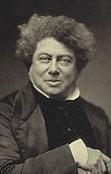



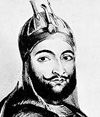






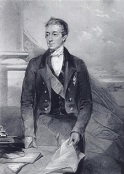
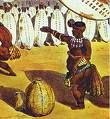


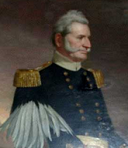


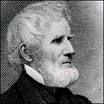




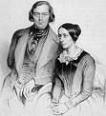







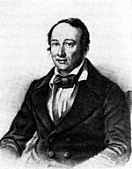
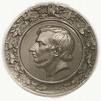









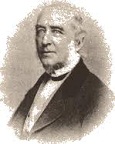








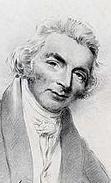


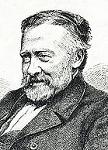
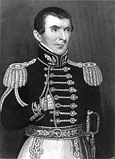



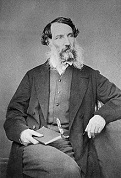

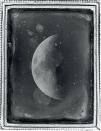





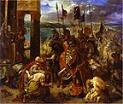



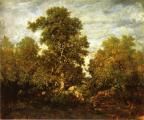
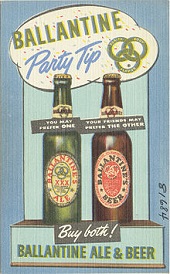
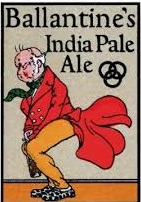
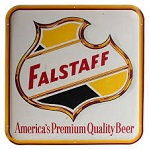

1840 Pop.: Great Britain: 18.5M; Ireland: 8M. The Sixth (6th) U.S. Census reports a total pop. of 17,069,043 (9.8 per sq. mi.); New York City: 313K. Life expectancy in industrialized countries begins to increase by one-quarter of a year (3 mo.) per year. The U.S. struggles with a severe economic depression this year, brought about by the Panic of 1837; meanwhile in this decade Irish-Ams. send $1M back to relatives in Ireland and encourage them to immigrate. I fooled around and fell in love, yes I did? Mass slaughter of the 36M buffalo (bison) in the U.S. begins at the rate of 1M-2M a year under a U.S. govt. policy to "settle the vexed Indian question"; by 1875 only 5.5M remain, down to 541 in 1889 and 300 in 1900; in 1875 Gen. Philip Sheridan tells the Tex. legislature that whites should "kill, skin and sell until the buffaloes are exterminated. Then your prairie can be covered with speckled cattle and the festive cowboy - the forerunner of an advanced civilization." China has one-third of world GDP, which begins plummeting in the two Opium Wars, bottoming out at 2% by 1980, then rising to 15% by 2013. The Second Industrial Rev. begins about this time, bringing railroads, large-scale steel production, increased use of steam power and petroleum, mass production, and factory electrification. This year is classified as a fun-with-Bambi Messianic Year by the Qabbalists (Kabbalists) in Europe, maybe because the Ottomans reestablish control of Jerusalem , which has a pop. of 10,750 incl. 3K Jews and 3,359 Christians, giving foreigners permission to buy land in 1850, after which the Jewish pop. zooms, becoming the majority group in 1850 (6K vs. 5,350 Muslims and 3,650 Christians), followed by 8K in in 1860, 11K in 1870, 17K in 1880, 25K in 1890, 35K in 1900, 45K in 1910, and 34.4K in 1921. Between this year and 1900 7M U.S. patents are granted. By this year there are 494 steamboats operating on midwest U.S. rivers. By this year there are 2,816 mi. of railroads in operation in the U.S. and 1,331 in England. On Jan. 13 the steamboat Lexington burns in Long Island Sound with the loss of over 100 lives; four days later a lithograph by Culithograph in the New York Sun by Currier and Ives becomes the first line diagram to illustrate a current event in a U.S. newspaper; the career of Currier and Ives in New York City (founded 1834) is launched, going on to pub. 7K+ different 10-cent prints in a factory with hundreds of employees until 1907. On Jan. 17 the Repub. of the Rio Grande in NE Mexico proclaims independence from Mexico; too bad, the rebellion is quashed by Nov. 6. In Jan. Zulu chief (since 1828) Dingane is overthrown and killed by his half-brother Mpande (1798-1872) (also half-brother of Shaka) with the help of Andries Pretorius and 400 burghers, and he becomes Zulu chief (until 1872) (longest ruling); meanwhile Mzilikazi (Mosilikatze) ("Great Road") (1790-1868), a former lt. of Shaka Zulu who rebelled in 1823 and fled to exile with his Khumalo tribe, first to Mozambique then to Transvaal founds Matabeleland in modern-day Zimbabwe between the Zambezi and Limpopo Rivers, with capital in Bulawayo ("town of the persecuted one") (modern-day pop. 1.2M), named after Shaka Zulu's capital. On Feb. 6 the Treaty of Waitangi is signed with the Maori, promising British protection of Maori land in protection for recognizing British rule, and the British formally annex New Zealand, founding the city of Auckland on the Tasman Sea on the N side of North Island (modern-day pop. 1.6M), named for India gov.-gen. (1836-42) George Eden, 1st Earl of Auckland (1784-1849), which next year becomes the capital until 1865 - I roamed under it as a tired nude Maori? That comes out just right? On Feb. 10 after she can't stand living with her mother and proposes to him on Oct. 15, 1839 on his 2nd visit, Queen Alexandrina Victoria (1819-1901) marries her 1st cousin (nephew of her mother) Prince Albert of Saxe-Coburg-Gotha (1819-61) in St. James's Palace, in London; she is given away by her favorite uncle (6th son of George III) Prince Augustus Frederick, Duke of Sussex (1773-1843); she becomes the first English royal bride to forgo the traditional heavy brocade dress, wearing a white satin gown trimmed with orange blossoms and lace (from her widow pics, what happened?); Princess Victoria (Vicky) Adelaide (1840-1901), their first of nine children is born on Nov. 22, followed by future king Edward VII (big disappointment to his mommy?) Albert Edward, Prince of Wales (1841-1910); too bad for Liberals, her hubby takes charge and turns her back to the Conservative view. In Feb. German physician Julius Robert von Mayer (1814-78) sails from Rotterdam in the 3-masted ship Java, and after docking at Surabaya he notices that the venous blood of sailors he's bleeding is brighter red, indicating less oxygen being consumed than in colder climates, causing him to have a bright idea that food is oxidized to create not only animal heat but work, hence that heat and work are interchangeable in some way. On Mar. 19 the Council House Fight (Massacre) in San Antonio, Tex. sees white Texians pissed-off at the failure of a delegation of Comanche chiefs to release white POWs massacre 12 chiefs inside the Council House, murder 23 more on the streets, and take 30 POW, causing the pissed-off Comanches to stage the Great Raid of 1840 on Aug. 7 in Victoria and Linnville, Tex., killing 41, becoming the largest Native Am. raid on a U.S. white city (until ?), after which the Battle of Plum Creek near Lockhart, Tex. on Aug. 12 sees 1K Comanches under Chief Buffalo Hump (-1870) defeated by 200 Rangers and Tex. militia led by Col. Edward Burleson and Tonkawa chief Placido. On Apr. 15 Daniel O'Connell founds the Repeal Assoc. in Ireland to campaign for a repeal of the 1800 Act of Union between Ireland and Great Britain, and works for cooperation between Catholics and Protestants (mainly Presbyterians in Ulster) in fighting for Irish home rule. On Apr. 20 S.C.-born Barnard Elliott Bee Sr. (1787-1853) is appointed as ambassador to the U.S. by Texas after he went to Mexico last year and tried unsuccessfully to negotiate peace and permanent borders; he goes on to negotiate the recognition of Texas with Daniel Webster, which is achieved next Dec. 13; after Texas is annexed in 1845, pissed-off Bee returns to his native S.C., and his two sons later become Confed. gens., and Bernard Jr. becomes the one who gives Stonewall Jackson his name. On May 1 after shorthand inventor Isaac Pitman wins a £200 govt. prize for the best method of collecting the pence for prepaid letters, the first adhesive postage stamps are sold in Britain, the Penny Black (with a portrait of Queen Victoria) on May 1 and the Two Penny (Pence) Blue on May 6, based on the ideas of reformer Sir Rowland Hill (1795-1879) (whose portrait bears a striking resemblance to Hollywood actor Paul Newman (1925-2008)?), author of the pamphlet Post Office Reform: Its Importance and Practicability in 1837, calling for "low and uniform rates" based on weight instead of distance, with prepayment based on stamps. On May 5-6 the 1840 Dem. Nat. Convention in Baltimore, Md. unanimously nominates "Old Kinderhook" Pres. Martin Van Buren for a 2nd term; this U.S. pres. campaign becomes the first that consists mainly of mass entertainment, the first image campaign, the first time that big money is a factor, and the first time that women can openly participate; the Whigs paint Van Buren as an "effete sybarite" who runs a "royal establishment" in the "presidential palace" (his pet tigers, given to him by the Sultan of Oman are mentioned); the "hurricane" campaign (J.Q. Adams) results in a landslide for "log cabin and hard cider" William Henry Harrison, whose pres. campaign turns around mockery that he is only suited to sit in a log cabin drinking hard cider by flaunting it and calling himself the log cabin candidate (although he doesn't actually do that in real life), with an emblem of a log cabin made of buckeye (horse chestnut) timbers, while John Bear "the Buckeye Blacksmith" from South Bloomfield, Ohio makes 331 speeches for Harrison, causing Ohio to become known as the Buckeye State; in 1888 A.H. Smythe pub. The Harrison Log Cabin Song Book, containing the campaign song "The Log Cabin Song", with the lyrics: "Oh where, tell me where, was your buckeye cabin made?" On May 7 the Great Natchez Tornado (F5) in Miss. kills 317 and causes $1.26M damage. On June 2 the Battle of Chokachotta in Fla. is a V for the U.S. over the Seminoles, making a hero of lt. col. (later gen.) Bennet C. Riley (1787-1853), who in 1849 becomes the 6th and last military gov. of Calif. before statehood. On June 6 Whig William Henry Harrison gives a speech in Columbus, Ohio, becoming the first U.S. pres. to give a campaign speech, and the first of 20+ around Ohio, drawing crowds of up to 100K, with miles-long parades featuring rolling log cabins, marching bands, and a 15-ft. rolling Harrison Ball plastered with campaign slogans that spawns the phrase "Keep the ball rolling"; when women begin cheering for Harrison, the Dems. diss them as "of doubtful reputation", and the New York Herald says "Ladies are better mending their stockings or making puddings than becoming politicians", becoming the first U.S. pres. election to disparage women; in Oct. Martin Van Buren claims that he has "a card to play that nobody could dream of", after which federal prosecutors in New York announce the upcoming indictment of some Whig politicians for bringing in illegal voters from Philly in the 1838 election of N.Y. gov. William Seward, with the Washington Globe running the headline: "A Gigantic Plot to Elect Harrison President by Fraud"; too bad, the voters don't buy it. On June 7 Prussian king (since 1797) Frederick William III (b. 1770) dies, and his liberal son Frederick William (Friedrich Wilhelm) IV (1795-1861) becomes king of Prussia (until Jan. 2, 1861), permitting German anti-French anti-Polish nationalist Ernst Moritz Arndt (1769-1860) to return to his post as prof. of history at the U. of Bonn., from which he had been suspended since 1820. On June 10 18-y.-o. Edward Oxford (1822-1900) attempts to assassinate Queen Victoria on Constitution Hill near Buckingham Palace, firing two shots, becoming the first of eight attempted assassins; he is later acquitted on grounds of insanity. Anti-slavery action heats up in Britain and America, while in the latter it gets women into heat? In June the World Anti-Slavery Convention in London is held; Lucretia Mott and other women are denied seats, pissing them off and turning them onto women's rights work, causing the U.S. abolitionist movement to split between nonviolent (but wanting it now, not gradually) "moral suasion" William Lloyd Garrison and his Am. Anti-Slavery Society, which links abolition with women's rights, and Theodore Dwight Weld (1803-95) (husband of Emily Grimke), moral reform philanthropists Arthur Tappan (1786-1865) and his brother Lewis Tappan (1788-1873), and the "pragmatic" (gradualist) abolitionists, who form the Am. and Foreign Anti-Slavery Society (AFASS) and enter politics through the anti-slavery Liberty Party (ancestor of the Free-Soil Party and Repub. Party), founded by James Gillespie Birney (1792-1857), their pres. candidate this year and 1844, who also founds the Nat. Anti-Slavery Society; Gerrit Smith (1797-1874) is the vice-pres. candidate; membership in the Am. Anti-Slavery Society (founded 1833) peaks at 200K (mostly women); by 1854 the AFASS carries on the bulk of antislavery agitation in conjunction with numerous state orgs. - ah, the heady feel of freeing one's fellow men, fudge the sneaky feeling of loosing a lower race of savages and undoing everything civilization has built? On July 4 after years of fighting, Pres. Van Buren finally gets his Independent Treasury, where the govt. keeps its funds in its own vaults and does business entirely in hard money, after John C. Calhoun leaves the Whigs, returns to the Democrats and comes out in favor of it; the Whigs repeal it in 1841, and it is restored in 1846. On July 151840 London Convention for the Pacification of the Levant London Straits Convention (Protocol des Droits) is signed by the U.K., Austria, Prussia, Russia, and the Ottoman Empire in return for the latter closing the Dardanelle Straits to all warships in peacetime, and the Black Sea to Russian warships, offering Mehmet Ali permanent control over Egypt and Acre under Ottoman suzerainty if he withdraws his forces from Syria, Hijaz (Arabia), the Holy Land, Crete, and Adana within 10 days and returns the defecting Ottoman fleet in Alexandria; too bad, after obtaining naval backing by France led by Adm. Julian Pierre Anne Laland,, Mehmet Ali declines, leading to the Oriental Crisis of 1840, during which British and Austrian forces attack Syria and Alexandria in Sept., shelling Sidon and Beirut on Sept. 11, followed by Acre on Nov. 3, capturing it in Nov.; meanwhile in Oct. France chickens-out and switches sides, and on Nov. 27 faced with revolts in occupied territories and a gen. deterioration of his military he finally accepts the terms, signing the Convention of Alexandria, negotiated by British Adm. Charles Napier, abandoning all claims to Syria and returning the Ottoman fleet, whle claiming Egyptian status as a unprecedented privileged hereditary Ottoman province with a standing army of 18K men and rule over Sudan, which Egyptian nationalists later use as a legal basis for fighting British occupation; meanwhile Britain occupies Aden in S Yemen to stop Egyptian advances; it takes a cent., but in 1937 England makes Aden a British crown colony; Britain emerges as an active player in the Middle East as the Ottoman Empire's ally for the next 37 years, with the right to enter the Straits in times of war, while Russian relations with the Ottomans begin to deteriorate. On July 18 Brazilian emperor (since 1831) Pedro II (1825-91) reaches the age of majority and is crowned the 2nd and last emperor of Brazil, beginning a prosperous and beneficent rule of bah bah Brazil. In July after becoming the first U.S. Navy ship to reach the Antarctic on Jan. 19, the USS Vincennes goes on a scientific expedition to Fiji, which turns into an imperalist hunter-killer revenge tour, attacking several villages in reprisal for alleged attacks. In July PS Britannia, the first royal mail packet steamer of Sir Samuel Cunard (1787-1865) begins the first regular steamship mail service, crossing from Liverpool to Halifax, N.S. and Boston, Ma. in 14 days 8 hours, winning a Blue Riband for the fastest crossing of the Atlantic - wait till 1912? On Sept. 20 Paraguayan dictator Dr. Jose Gaspar Rodriguez de Francia ("El Supremo") (b. 1766) dies, and on Sept. 20 Manuel Antonio Ortiz succeeds him as pres. of this widow-laden slave labor plantation country (until Jan. 22 1841). On Oct. 7 resistance to his reforms causes king (since Mar. 16, 1815 )William I to abdicate, and his son William II (1792-1849) becomes king #2 of the Netherlands (until Mar. 17, 1849), facing a sick economy. On Oct. 8 the kingdom of Hawaii adopts the 1840 Hawaiian Constitution, the first Hawaiian language constitution, providing for criminal punishments for Christian sins incl. adultery, and seeks recognition by the U.S. and Europe. On Oct. 14 Mt. Lebanon emir (since 1788) Bashir Chehab II (1767-1850) surrenders to the British and goes into exile, and Bashir Chehab III (Bashir Qasim al-Chehab) (1775-1860) is appointed in his place as emir #7, becoming known as a do-nothing ruler called the Father of Flour (Abou Theen), who stays on his roof breeding pigeons and urinating frequently into a rooftop toilet. On Oct. 30-Dec. 2 the 1840 U.S. Pres. Election sees Whig William Henry Harrison defeat Dem. Martin Van Buren by 234 to 60 electoral votes and 1,275,000 vs. 1,128,000 popular votes (52% of the popular vote); Harrison becomes the first U.S. pres. to receive over 1M votes; as a legacy of the Jackson years, the proportion of adult white males who vote in the pres. election triples from 26.5% in 1824 to 78.0% this year; Abraham Lincoln chases a man from a polling place in Springfield, Ill. after he harasses Whig voters, wishing that he had stood and fought so that the could "knock him down and leave him kicking". In Oct. yet-another-proud-Spaniard Gen. Baldomero Espartero (1793-1879) leads a revolt in Spain, forcing Maria Christina to abdicate and flee; Espartero becomes regent of her daughter Isabella II and controls the govt. (until June 1843). On Nov. 2 the Rhone River and Saone River overflow, with catastrophic results, incl. floods in Lyon; a flood of the Tigris River buries Baghdad in mud, and the resulting plague and starvation reduce the pop. from 100K to a few hundred? On Nov. 3 Afghan leader Dost Mohammed surrenders to British forces, and is exiled to India; too bad, Afghanis have them mean mountains to hide and regroup in, and they don't get mad they get even, and on Dec. 6 his son Mohammad (Wazir) Akbar Khan (1816-45) leads a revolt, becoming emir of Afghanistan in May 1842 (until 1845). On Dec. 15 Napoleon's body is taken to France, and his ashes are given a funeral at the Invalides in Paris. On Dec. 17 the Fifth Tex. Congress establishes Lamar County in NE Tex., named after Tex. Repub. pres. #2 Mirabeau Buonaparte Lamar; the city of Paris, Tex. (modern-day pop. 25K) is founded there; on Feb. 23, 1861 it becomes one of 18 Tex. counties voting against secession; its mostly white pop. becomes known for white supremacy incl. lynchings of blacks in 1893 and 1920; in 1943 the U.S. Supreme Court rules in Largent v. Tex. that a city ordinance requiring a permit to sell or distribute religious (esp. Jehovah's Witness) pubs. is unconstitutional; in 1916 a fire destroys half of the town and causes $11M in property damage; it goes on to be named "Best Small Town in Texas" in 1997. Louis Napoleon Bonaparte is imprisoned at the Fortress of Ham for conspiracy (until 1846). Swiss immigrant John Augustus Sutter Sr. (Johann August Suter) (1803-80), who arrived via Oregon, Hawaii, and Alaska in Calif.'s remote Central Valley on Aug. 13, 1839, and persuaded the Mexican govt. to give him a 48K-acre land grant on the American River near its junction with the Sacramento River (modern-day Sacramento) erects a fort called New Helvetia (Sutter's Fort) with 18-ft.-high walls, living like a feudal baron while entertaining illegal gringo immigrants arriving over the California Trail through the Sierras, stretching his credit to buy 2K fruit trees in 1847, founding the Sacramento Valley agriculture industry, and hiring James Marshall to build a sawmill. Former U.S. pres. (1825-9) John Quincy Adams (1767-1848) argues before the U.S. Supreme Court on behalf of the African slaves illegally abducted by the Spanish in the Amistad Case, using African-born translator James Covey (Kai Nyangua) (1819-), with the soundbyte: "The Africans were in possession, and had the presumptive right of ownership; they were in peace with the United States... They were not pirates; they were on a voyage to their native homes... The ship was theirs, and being in immediate communication with the shore, was in the territory of the State of New York; or, if not, at least half the number were actually on the soil of New York, and entitled to all the provisions of the law of nations, and the protection and comfort which the laws of that State secure to every human being within its limits." Christian VIII of Denmark establishes a commission to consider establishment of a nat. assembly for Iceland, which recommends an independent Althing. The Damascus Affair results after Cappucine priest Tommaso disappears, and a number of Jews are tortured into confessing that they used his blood to make matzoh (the "blood libel"); an internat. effort led by Britain, Austria and the U.S. frees them, becoming the first U.S. diplomatic action in the Middle East. The LDS Church begins practicing Baptism for the dead (proxy or vicarious baptism), which is considered heretical by mainstream Christianity; they claim that the dead soul gets to choose whether to accept or reject the favor done on their behalf; meanwhile in 1840 Joseph Smith Jr. issues the White Horse Prophesy, that when the U.S. Constitution hangs by a thread, Mormon elders will rig, er, ride in on a white horse and save the country, becoming a Mormon code phrase later used in 1855 by Brigham Young, and in 2010 by Glenn Beck. In this decade the coal mining industry in Wales peaks (untl 1925), centered in the Rhondda Valley. In this decade the heavily industrialized area of West Midlands, England N and W of Birmingham is first called the Black Country; Blackpool on the Irish Sea between the Ribble and Wyre River estuaries (27 mi. N of Liverpool) becomes a major tourism center after a railway is built connecting it with the Black Country. In this decade Mary Ann Hall (-1886) becomes the madame of a 3-story brick brothel at 349 Maryland Ave., SW in Washington, D.C. four blocks W of the U.S. Capital; in 1864 the U.S. Army Provost Marshall pub. a list of 450 brothels in Washington, D.C., listing hers as having 18 hos, making it the city's largest out of 5K total hos; it closes in 1878. Afternoon tea is introduced to England by Anna, Duchess of Bedford - it's jolly good with Bird's Custard? Early in this decade the city of Plano, Tex. (Sp. "flat") 17 mi. NE of modern-day Dallas, Tex. (modern-day pop. 2670K/7.1M) is founded by Euro settlers. English-born Quaker Henry Dilworth Gilpin (1801-60) becomes U.S. atty. gen. #14 (until 1841), going on to lose the Amistad case. U.S. Pres. Van Buren establishes a 10-hour day on public works. The German Teutonic Order is revived under Hapsburg auspices, reverting to its original function of ambulance service in war. The pesky dropout Dukhobors religious sect is banished to wasteland in the Caucasus near the Turkish border, and build a flourishing community - Duke, Duke, Duke, Duke of Bors? Cumberland Road, stretching 600 mi. from Cumberland, Md. to Vandalia, Ill. is completed. After reaching the age of majority, Mswati II (Mavuso III) (1820-68) becomes king of Swaziland (until 1868), expanding its boundaries and giving it its name. New Scottish physician (Anderson College, Glasgow) David Livingstone (b. 1813) is ordained and sent by the London Missionary Society to Africa on the HMS George, and arrives in South Africa, going next year to Kuruman in Bechuanaland, founded by Scottish missionary Robert Moffat, marrying his daughter Mary in 1844, then beginning a trek into the interior together. Francisco Morazan is driven into exile in Peru, and the Central Am. Confederation is dissolved. The French gain possession of Senegal. Transportation of criminals from England to New South Wales (Australia) ends. Ottoman sultan Abdul Mejid I ends the prohibition on the mohair (mukhayyar) (Angora goat hair) trade in Turkey. By this year there are 78 colleges and universities in the U.S., 35 of them founded after 1830, mostly by churches. The unincorporated city of Silver Spring, Md. N of Washington, D.C. (modern-day pop. 79K) is founded by Francis Preston Blair Jr. (1791-1876) as a summer home near a mica-flecked spring near 7th St. Pike in modern-day Acorn Park; it goes on to become the HQ of the U.S. Food and Drug Admin. (FDA), the Nat. Oceanic and Atmospheric Admin. (NOAA), the Ahmadiyya Muslim Community, and the Seventh-Day Adventist Church; Blair goes on to help found the Repub. Party along with his daughter Elizabeth, who marries Samuel Phillips Lee, 3rd cousin of Robert E. Lee, whose son Francis Preston Blair Lee becomes the first popuarly-elected U.S. Sen.; Blair's son Montgomery Blair goes on to become U.S. postmaster gen. under Pres. Lincoln, representing Dred Scott before the SCOTUS. French explorer Jules Dumont d'Urville (1790-1842) sails from Hobart, Tasmania, and discovers Adelie (Adélie) Land in Antarctica, naming it for his wife and claiming it for France; D'Urville Sea N of Adelie Land (where a Russian ship plants a flag to mark the location of the Earth's south magnetic pole in 2008), and Cape d'Urville in Netherlands New Guinea are named after him; he discovers and names the cute Adelie Penguin, and becomes a big hero, being promoted to rear adm. on his return. Ballantine Brewing Co. (originally Patterson and Ballantine Brewing Co.) in Newark, N.J. is founded, becoming famous for its pale ale, becoming one of the first to sell it in 6-packs in the 1930s (known for "XXX" inscribed on the label), and becoming the first TV sponsor of the New York Yankees. Cambridge historian-philosopher William Whewell (1794-1866) coins the word "scientist" (Lat. "scire" = to know, Lat. "scindire" = to cut, Gr. "schizein" = to split) ("We need very much a name to describe a cultivator of science in general. I should incline to call him a scientist"); he also coins the term "physicist". The Polka (invented in 1834) is introduced to Paris, becoming a craze. By this year Am. beavers are trapped out, beaver hats are out of fashion, and the day of the mountain men is over. 47-y.-o. former wigwam-rocker Texas Gov. Sam Houston marries 21-y.-o. lily-white Ala. beauty Margaret Lea (1848-1906); despite naysayers, they have eight children - amazing what the fish-rice diet can do? William Tecumseh Sherman (b. 1820) graduates from West Point. Margherita Barezzi, wife of new Italian opera composer Giuseppe Verdi (1813-1901) dies, which, combined with the death of their two children in infancy helps change him into a star? The Dead Poet's, er, Percy Society for the pub. of old ballads is founded in honor of dead poet Thomas Percy (1729-1811) (until 1852). During this decade Irish and Scottish immigrants to the U.S. bring the celebration of Halloween with them. During this decade commercial Valentine cards begin to be sold in stores. During this decade Conn., Mass. and Penn. pass laws limiting hours of employment of minors in textile factories. Mass. eliminates compulsory militia service, followed in 1844 by Maine, Ohio, and Vt., in 1946 by Conn. and N.Y., in 1847 by Mo., and 1851 by N.H.; in 1844 N.J. eliminates imprisonment for failure to pay a militia fine, followed in 1846 by Ohio, in 1850 by Mich., and in 1856 by Calif. The first bathtub is installed in the U.S. Fairhaven, Mass.-born Freemason John Cook Bennett (1804-67) arrives in Commerce, Ill. and begins recruiting Mormons into Freemasonry incl. Sidney Rigdon, Joseph Rigdon, and Joseph Smith Jr., who on Mar. 15, 1842 get to skip the usual memorization for the first three degrees by being made "Masons on Sight"; other Mormon Freemasons incl. Heber C. Kimball, Joseph Smith Sr., and Hyrum Smith; too bad, after moving to Nauvoo, Ill. and becoming mayor #1 on Feb. 1, 1841, along with maj.-gen. of the Nauvoo Legion, earning praise from Abraham Lincoln for his lobbying efforts on behalf of Mormons, he gets caught using his position as a physician to seduce women (introducing the term "spiritual wifery" to cover for it, causing polygamy or plural marriage to get confused with free love and polygyny by the public, causing nat. outrage), and is excommunicated on May 11, 1842, losing his job as mayor and becoming a bitter enemy of Joseph Smith Jr., pub. the expose The History of the Saints: An Expose of Joe Smith and Mormonism in 1842, accusing Joseph Smith Jr. and his followers of treason, conspiracy to commit murder, prostitution, adultery et al., with the preface beginning: "I have been induced to prepare and publish the following work by a desire to expose the enormous iniquities which have perpetrated by one of the grosses and most infamous impostors that ever appeared upon the face of the earth, and by many of his minions, under the name and garb of Religion, and professedly by the direct will and command of Almighty God"; he goes on to lead a Union co. in the U.S. Civil War, champion the health benefits of the tomato, pioneer the anesthetic chloroform, create the Plymouth Rock fowl and other chicken breeds, and establish medical colleges, which he taints by selling diplomas; meanwhile after returning from Scotland in 1841, elder Orson Pratt Sr. hears rumors that Bennett accused Joseph Smith Jr. of proposing marriage to his wife (since July 4, 1836) Sarah Marinda Bates Pratt (1817-88), which Smith denies, while more rumors accuse her of hooking up with Bennett, causing him to reject plural marriage and force a 4-day public meeting examining Smith's moral character, which vindicates him, after which Pratt is excommunicated on Aug. 20, 1842, toying with the idea of exposing Mormonism before flopping and kissing up, getting reinstated to the Quorum of the Twelve Apostles on Jan. 20, 1843, going on to marry 10 women, pissing-off Sarah, who divorces him in 1868 for his "obsession with marrying younger women", with the soundbyte that polygamy "demoralizes good men and makes bad men correspondingly worse. As for the women - well, God help them! First wives it renders desperate, or else heart-broken, mean-spirited creatures", and the 1877 soundbyte: "Here was my husband, gray headed, taking to his bed young girls in mockery of marriage. Of course there could be no joy for him in such an intercourse except for the indulgence of his fanaticism and of something else, perhaps, which I hesitate to mention", going apostate and getting excommunicated on Oct. 4, 1874, founding the Anti-Polygamy Society in Salt Lake City, Utah. Bethany College in Bethany, Va. (later W. Va.) is founded by Disciples of Christ founder Alexander Campbell. George Palmer Putnam (1814-72) of Maine becomes a partner in the New York City pub. firm of Wiley & Putnam, then goes to London next year to organize a branch, becoming the first U.S. pub. to become established in England; after returning to the U.S. in 1848, he goes solo, then in 1866 adds his eldest son George Haven Putnam (1844-1930) (recently returned from a Confed. POW camp), then in 1871 finally calls it G.P. Putnam and Sons. In this decade the Barbizon School of French landscape painters who live in the village of Barbizon, paint directly from nature and revel in realism is founded, led by Pierre-Etienne Theodore Rousseau (1812-67), and incl. Jean-Baptiste-Camille Corot (1796-1875) and (in 1850) Jean-Francois Millet (1814-75) (ends 1870) - a hyphenated first name is mandatory? Bridgewater State U. (originally Bridgewater Normal School) in Conn. is founded by Horace Mann (1796-1859) to train schoolteachers, opening in the basement of the town hall on Sept. 9 and becoming the oldest public higher ed. inst. in Mass. to survive to modern times. Horace Henry Hayden (1769-1844) and Chapin Aaron Harris (1806-60) found the Baltimore College of Dental Surgery in Md. on Feb. 1, becoming the world's first dental school, granting the doctor of dentistry degree; it graduates its first two students in 1842; they also found the Am. Society of Dental Surgeons in New York City on Aug. 10. In this decade playwright Henrik Ibsen (b. 1828) has an affair with an older married woman at Grimstad. Amelia Jenks marries Dexter Bloomer, giving her 1849 women's fashion craze a catchier name? After her father Friedrich Wieck (his piano instructor) takes him to court to stop it, and she reaches the legal age of 21 so he can't prevent it any longer, German Romantic composer Robert Alexander Schumann (1810-56) marries fellow (one of the top) concert pianist Clara Josephine Wieck (1819-96), who talks him into writing for orchestra rather than just piano; too bad, after attempting suicide and being confined in a mental institution at his own request for two years, he croaks in middle age - long before all those cliches about actors in L.A.? German poet Fritz Reuter, a political prisoner since 1833 is set free by a general amnesty. The Bible is trans. into the Amharic language of Ethiopia. In this decade the Bowery Boys of New York City become the first to use the slang word "Hi" for "Hello". In this decade Victorian feather mattresses are strapped down, causing the phrase "sleep tight" to be originated. In this decade Concord, Mass. (pop. 2K) becomes the center of an Am. lit. renaissance led by Ellery Channing (1780-1842), Amos Bronson Alcott (1799-1888), Ralph Waldo Emerson (1803-82), Nathaniel Hawthorne (1804-64), Sarah Margaret Fuller (1810-50), Henry David Thoreau (1817-62), and Louisa May Alcott (1832-88); in 1840 Sarah Margaret Fuller (1810-50), Ralph Waldo Emerson (1803-82), and George Ripley (1802-80) found the Transcendentalist journal The Dial (ends 1929); meanwhile Louisa (who had a childhood crush on him) carries on with Henry and also with Ralph, while Ralph and Nathaniel have crushes on Margaret, who jilts them both, travels to Italy and falls for a revolutionary nobleman; meanwhile Henry and his brother John fall for Ellen Sewall, who refuses marriages proposals from both - perhaps a wee bit of guilt over what their ancestors did to the aborigines in 1675 would be in order? Viennese dancer Fanny Elssler tours the U.S. (ends 1842). In this decade Coney Island becomes a resort with a pavilion and bath house, becoming a mecca for the rich. In 1840-1 British colonist Edward John Eyre (1815-1901) explores South and West Australia, becoming the first Euro to traverse the coastline of the Great Australian Bight and Nullarbor Plain - lay me kangaroo down, sport? The Royal Botanical Gardens in Kew, London, England open. The London Library in England opens. The Protestant Washington Temperance Society is founded in Baltimore, Md. The Australian Cattle Dog is bred by Thomas Hall using Drover Dogs and dingoes; it is originally called Hall's Heeler. Antoine's La. Creole restaurant is founded in the French Quarter of New Orleans, La. by Antoine Alciatore, whose son Jules invents Oysters Rockefeller (named after John D. Rockefeller) (1889), Pompano en Papillote, and Eggs Sardou, and creating the Rex Room; Jules' son Roy Alciatore gives it an internat. reputation, going on to host VIPs incl. the Duke and Duchess of Windsor, Pope John Paul II, and several U.S. presidents. P. Ballantine and Sons Brewing Co. (Patterson and Ballantine Brewing Co. until 1857) is founded in Newark, N.J. on the Passaic River by Scottish immigrant Peter Ballantine (1791-1883) and Erastus Patterson (who sells-out in 1845), introducing Ballantine XXX Ale and Ballantine India Pale Ale and becoming the 6th largest brewery in the U.S. in 1879, 2x as large as Anheuser-Busch, adopting a 3-ring trademark in 1879, going on to become a favorite of Ronald Reagan, Ernest Hemingway, John Steinbeck, Frank Sinatra, Hunter S. Thompson, Martin Crane in "Frasier" et al.; in the 1940s-1960s it sponsors the New York Yankees ML baseball team; it sells-out to Falstaff Brewing Co. in 1972. After bringing the yeast with him on a fast Clipper ship, Bavarian immigrant John Wagner brews the first lager beer in the U.S. in Philadelphia, Penn. William J. Lemp Brewery (originally Western Brewery) is founded in St. Louis, Mo. by Gruningen, Germany-born Johann Adam Lemp (1798-1862), utilizing underground caves to lager and store the beer, adopting the "Blue Ribbon" trademark for its popular Falstaff brand; in 1921 it sells-out to Griesedieck Beverage Co., which is renamed the Falstaff Corp., surviving Prohibition by selling near bear, soft drinks, and cured hams, and going public; in 1936 it acquires the Krug Brewery in Omaha, Neb., making it the first brewery with plants in two different states, growing to the 3rd largest brewery in the U.S. in the 1960s; too bad, in 1965 as sales peak (7M barrels) it acquires Narragansett Brewing Co. of R.I., causing the state of R.I. to bring an antitrust suit against them that they win in 1973 after heavy legal costs that fatally wound them, and throughout the 1970s sales plummet, dropping to 11th in 1975 (2M barrels); in 1990 its last brewery in Fort Wayne, Ind. closes, and the brand name is acquired by Pabst, who discontinues it in May 2005. Sports: On Jan. 1 Knickerbocker Alleys in New York City opens, becoming the first indoor bowling alley, where the first recorded 10-pin bowling match is played; the lanes are made of baked clay; meanwhile in this decade the game of Skittles (Ninepins) reaches its peak of popularity in the U.S. - beer and skittles? Architecture: Sir Charles Barry (1795-1860) and Augustus Welby Pugin (1812-52) begin the Gothic revival Houses of Parliament (Palace of Westminster) in London (finished 1860). A number of Etruscan tombs are discovered in the vicinity of Perugia, Italy. Hickory Mill mansion in McLean, Va. is built, later becoming the home of U.S. Supreme Court justice Robert H. Jackson, JFK, and his brother RFK. Nelson's Column is erected in Trafalgar Square, London (finished 1843) to commemorate Adm. Horatio Nelson's death at the 1805 BAttle of Trafalgar; designed by William Railton, statue by E.H. Bailey. Casa Antigua de Guardia in Malaga, Spain on the Alameda Principal is built, serving sweet table wine (Seco, Moscatel, Pedro Ximen, Malaga Quina) to customers poured from barrels on the wall. The Northwestern Tower, a copy of Prior Goldstone's Southwestern Tower is added to Canterbury Cathedral in England. The first corrugated iron roof is constructed in the East Counties RR station. The first steel cable suspension bridge is constructed in Pittsburgh, Penn. Inventions: A.F. Debain (1809-77) invents the Harmonium (orgue expressif) small reed organ (patented in 1842). In this decade Philly blacksmith Henry Deringer (1786-1868) invents the short-barreled easily-concealable Deringer Pistol, becoming the favorite weapon for card sharks and hos - he couldn't find a hooker in a whorehouse? Henry Draper (1837-82) makes the first Photographs of the Moon. John Dresser of Stockbridge, Mass. invents a hand-powered veneer lathe, making the commercial manufacture of plywood possible. German chemist Justus von Liebig invents Extractum Carnis Liebig, a meat extract containing 4% salt; it takes 3kg of meat to make 100g of extract; after a factory is opened in Uruguay in 1866 using cattle being butchered for hides, it becomes a big hit in Europe, going on to be used by Allied forces in WWI and WWII. Sir Charles Wheatstone invents the Chromoscope for measuring color values and intensities. English surgeon John Wright of Birmingham invents Electroplating using silver cyanide in a potassium cyanide solution, which is patented by manufacturer George Richards Elkington (1801-65). Science: German physician Karl Adolph von Basedow (1799-1854) describes Basedow's Disease, AKA Graves' Disease (exophthalmic or toxic diffuse goiter), named after Irish physician Robert James Graves (1796-1853), an excess of thyroid secretion causing protruding eyeballs, along with the Jod-Basedow Effect (Syndrome) (Phenomenon), hyperthyroidism caused by administration of iodine or an iodide - should be Eye-Gore's Disease? Swiss-German chemist Germain Henri Hess (1802-50) pub. Hess' Law of Constant Heat Summation, that the total energy (enthalpy) gained or lost in a series of chemical reactions depends only on the initial and final statements, becoming a progenitor of the First Law of Thermodynamics; in 1842 he proposes the law of thermoneutrality, that exchange reactions of neutral salts in aqueous solutions evolve no heat. English amateur scientist James Prescott Joule (1818-89) pub. the I^2*R law for the heat given off by a conductor of resistance R carrying a current I (Joulean heat) - the reason Easy-Bake Ovens work? Seeing the popularity of fighting matches, King ? of Thailand begins licensing and collecting Siamese (Betta) Fighting Fish; in 1849 after obtaining some, Dr. Theodor Cantor pub. an article calling them Macropodus Pugnax; in 1892 they are imported to Paris, France by Pierre Carbonnier, followed in 1896 to Moscow, Russia by Paul Matte of Berlin, Germany; in 1909 Charles Tate Regan renames them Betta speldens. Nonfiction: Louis Agassiz (1807-73), Studies of Glaciers (Etudes sur les Glaciers); explains the role of glaciers in geological change, making a Biblical Flood unnecessary; in the fall noted Biblical Flood proponent Rev. William Buckland of Oxford debates with Agassiz at the annual meeting of the British Assoc. for the Advancement of Science in Edinburgh, and they end up going to Blackford Hill to the S to outpoint each other, and after Buckland gets the first points for an unstratified boulder, Agassiz takes him to a nearby cliff and points out hidden striations, indicating a moving glacier, and shouts "That is the work of ice", instantly converting him?; the scientific community remains unconvinced for a dozen years until the snow cover of Greenland is found to lie on top of a gigantic moving ice sheet, and the drift deposits on the Baltic coastline are explained by moving icebergs, giving scientists the rush of a new potential sciencescope; too bad, linguistic evidence of primitive cultures describing a universal flood also begins to be uncovered, so the battle rages on. Jean Louis Burnouf (1775-1844), Methode pour Etudier la Langue Latine. Etienne Cabet (1788-1856), Histoire Populaire de la Revolution Francaise de 1789 a 1830 (5 vols.). Victor Cousin (1792-1867), Cours d'Histoire de la Philosophie Morale au XVIIIe Siecle (1840-1). Richard Henry Dana Jr. (1815-82), Two Years before the Mast; an account of the hide and tallow trade in Mexican Calif. during a voyage in 1834-6. Charles Darwin (1809-82) (ed.), The Zoology of the Voyage of H.M.S. Beagle (1840-3); his revulsion with slavery in Brazil and genocide in Argentina; "It makes one's blood boil, yet heart tremble, to think that we Englishmen and our American descendants, with their boastful cry of liberty, have been and are so guilty." John Bovee Dods (1795-1872), Thirty Short Sermons on Various Important Subjects Both Doctrinal and Practical. Carl Friedrich Gauss (1777-1855), Diptrische Untersuchungen. Karl Immermann (1796-1840), Dusseldorfer Anfange; his experiments in dramaturgy. William Ladd (1778-1841), An Essay on the Congress of Nations; proposes a precursor to the League of Nations. Eliphas Levi (1810-75), The Gospel of the People. Justus von Liebig (1803-73), Organic Chemistry in Its Application to Agriculture and Physiology; founds agricultural chemistry, establishes the value of fertilizers, and predicts that one day soils would be tested to decide which chemicals are needed; too bad, it takes until the 7th ed. in 1862 to really found modern agriculture? Augustus De Morgan (1806-71), The Elements of Arithmetic; First Notions of Logic, Preparatory to the Study of Geometry. Pierre-Joseph Proudhon (1809-65), Qu'est-ce que la Propriete? ou Recherche sur le Principe du Droit et du Gouvernment (What is Property? or, An Inquiry into the Principle of Right and of Government); contains the anarchist slogan "La propriete, c'est le vol" (Property is theft). Josiah Quincy III (1772-1864), History of Harvard University. Frederick Augustus Rauch (1806-41), Psychology, or a View of the Human Soul, including Anthropology, Adapted for the Use of Colleges. William Smyth (1765-1849), Lectures on Modern History (w/Jared Sparks) (2 vols.) (1840-1); Lectures on the French Revolution (3 vols.) (1840-1). David Friedrich Strauss (1808-74), On Christian Doctrine (Christliche glaubenslehre) (2 vols.) (1840-1); the history of Christian doctrines has been the history of their disintegration? Forbes Benignus Winslow (1810-74), The Anatomy of Suicide; claims that most suicides are victims of mental disease and not criminals. Music: Gaetano Donizetti (1797-1848), La Favorite (opera) (Dec. 2) (Academie Royale de Musique, Paris); libretto by Alphonse Royer and Gustave Vaez based on the unperformed libretto "L'ange de Niside" and the play "Le Comte de Comminges" by Baculard d'Arnaud; La Fille du Regiment (Paris) (Opera Comique). Carl Otto Nicolai, Il Templario (opera) (Turin). Johann Strauss I (1804-49), Viennese Sentiments, Op. 116. Giuseppe Verdi (1813-1901), Un Giorno di Regno (opera) (Sept. 5) (Teatro alla Scala, Milan); a flop, partly caused by the death of Verdi's wife during its composition. Art: Jean-Baptiste-Camille Corot (1796-1875), View of Avray. Eugene Delacroix (1798-1863), Entry of the Crusaders into Constantinople, Apr. 12, 1204. William Etty (1787-1849), The Wrestlers; a black man vs. a white man. Jean Auguste Dominique Ingres (1780-1867), Odalisque with a Slave. Jean Francois Millet (1814-75), Self-Portrait (1840-1). Pierre-Etienne Rousseau (1812-67), The Pond. Abraham Solomon (1823-62), Rabbi Expounding the Scriptures. Plays: Casimir Delavigne (1793-1843), Le Conseiller Rapporteur. Friedrich Hebbel (1813-63), Judith (tragedy) (Berlin) (first play); makes him a star in Germany; Genoveva. Poetry: Robert Browning (1812-89), Sordello (Mar.); about famous 13th cent. Lombard troubadour Sordella da Goito (Goit) (-1269), mentioned in Dante's "Purgatorio"; too bad, it's so difficult and obscure that his rep takes a nosedive for a decade, causing him to abandon Shelleyan poetry and develop his own style; speaking of style, in 1846 he marries older more successful poet Elizabeth Barret and moves with her to sunny Italy. Ramon de Campoamor y Compoosorio (1817-1901), Ternezas y Flores. Victor Hugo (1802-85), Les Rayons et les Ombres; his first repub. stirrings? Mikhail Lermontov (1814-41), The Demon; celebrates the carnal passions of the "eternal spirit of atheism" to a "maid of mountains"; banned by the Russian govt. for decades. Max Schneckenburger (1819-49), Wacht am Rhein (Watch on the Rhine); set to music in 1854 by conductor Karl (Carl) Wilhelm (1815-73), becoming Germany's most popular patriotic song during the Franco-Prussian War of 1870-1. Novels: Willibald Alexis (1798-1871), Der Roland von Berlin; turned into an opera by Ruggero Leoncavallo in 1904. Anna Louise Geertruida Bosboom-Toussaint (1812-86), Het Huis Lauernesse; Robert Dudley in the Netherlands in 1845-55. Etienne Cabet (1788-1856), Voyage et Aventures de Lord William Carisdall en Icarie; a high flying, er, highly planned and regulated utopian communist community that preserves the family; spawns the Icarian Movement. James Fenimore Cooper (1789-1851), The Pathfinder; #4 in the Leatherstocking Tales; set on Lake Ontario. Charles Dickens (1812-70), The Old Curiosity Shop (1840-1); Little Nell and her grandfather, whose London curiosity shop is seized for debt by repulsive dwarf Quilp, causing them to flee and wander through the countryside, having many adventures while he pursues them, finally settling in a quiet village; people line up on the New York City docks to learn the fate of Little Nell; "It would take a heart of stone to read the death of Little Nell without laughing" (Oscar Wilde). Alexandre Dumas pere (1802-70), John Davis, le Capitaine Pamphile. Fernan Caballero (1797-1877), Sola; pub. anon. in German. John Pendleton Kennedy (1795-1870), Annals of Quodlibet; political satire. Charles James Lever (1806-72), Con Cregan. Alessandro Manzoni (1785-1873), The Betrothed (I Promessi Sposi); later pub. in a revised form in the Tuscan dialect. Prosper Merimee (1803-70), Colomba (July 1); a Corsican girl pushes her brother to commit murder to avenge their father's death. George Sand (1804-76), Horace; Le Compagnon du Tour de France (The Companion of the Tour of France); Spiridion. William Makepeace Thackeray (1811-63), The Paris Sketch Book: A Shabby Genteel Story (first novel). Frances Trollope (1780-1863), Michael Armstrong: Factory Boy; first British industrial novel; first woman to issue her novels in monthly parts. Births: Belgian Flemish Roman Catholic missionary Father Damien (St. Damien of Molokai) (Jozef "Zef" De Veuster) (d. 1889) on Jan. 3 in Tremelo, Brabant; 1873 founder of leper colony in Molokai, Hawaii; feast day: May 10/Apr. 15. U.S. Lt. Gen. (Army chief of staff #1, 1903-4) Samuel Baldwin Marks Young (d. 1924) on Jan. 9 in Pittsburgh, Penn.; educated at Jefferson College. English "Vignettes in Rhyme" poet-writer Henry Austin Dobson (d. 1921) on Jan. 18 in Plymouth. English "Esoteric Buddhism" Theosophist writer Alfred Percy Sinnett (d. 1921) on Jan. 18 in London. German physicist (inventor of the refractometer) Ernst Karl Abbe (d. 1905) on Jan. 23 in Eisenach. French Socialist politician and Commune member Edouard Marie Vaillant (d. 1915) on Jan. 28 in Vierzon. Am. oil tycoon and philanthropist ("the Brains of the Standard Oil Trust") Henry Huttleston Rogers (d. 1909) on Jan. 29 in Mattapoisett, Mass. British inventor Sir Hiram Stevens Maxim (d. 1916) on Feb. 4 in Sangerville, Maine; inventor of the Maxim gun, common mousetrap, and menthol inhaler (Pipe of Peace); emigrates to England in 1881; knighted in 1901. Scottish pneumatic rubber tire inventor John Boyd Dunlop (d. 1921) on Feb. 5 in Dreghorn, North Ayrshire. British gen. Sir Charles Warren (d. 1927) on Feb. 7 in Bangor, Gwynedd, Wales. U.S. rear adm. William Thomas Sampson (d. 1902) on Feb. 9 in Palmyra, N.Y. Swedish chemist Per Teodor Cleve (d. 1905) on Feb. 10 in Stockholm; educated at the U. of Uppsala. German Social-Dem. Party co-founder August Ferdinand Bebel (d. 1913) on Feb. 22 in Deutz (near Cologne). Austrian economist (founder of the Austrian School of Economics) Carl Menger (d. 1921) on Feb. 28 in Neu Sandec, Galicia (Nowy Sacz, Poland); father of Karl Menger (1902-85). Am. novelist Constance Fenimore Woolson (d. 1894) on Mar. 5 in Claremont, N.H.; grandniece of James Fenimore Cooper (1789-1851); grows up in Cleveland, Ohio; hooks up with writer Henry James in 1880? French photographer Charles-Antoine Lumiere (Lumière) (d. 1911) on Mar. 13 in Haute-Saone, Ormoy; husband (1861-) of Jeanne Josephine Costille Lumiere; father of Auguste Marie Lumiere (1862-1954) and Louis Jean Lumiere (1864-1948). English "Epic of Gilgamesh" Assyriologist George Smith (d. 1876) on Mar. 26 in Chelsea, London. English Firth of Forth Railway Bridge engineer Sir Benjamin Baker (d. 1907) on Mar. 31. German physician-explorer (Africa) (Jewish) Mehmet (Mehmed) Emin (Arab. "faithful one") Pasha (Isaack Eduard or Eduard Carl Oscar Theodor Schnitzer) (d. 1892) on Mar. 28 in Oppeln, Silesia; converts to Islam in 1865? English "Life and Labour of the People of London" statistician-philanthropist Charles Booth (d. 1916) on Mar. 30 in Liverpool; cousin of Beatrice Webb (1858-1943). French "Nana", "Germinal", "J'accuse" novelist (founder of the lit. school of naturalism) Emile Edouard (Émile Édouard) Charles Antoine Zola (d. 1902) on Apr. 2 in Paris. German musicologist Franz Xaver Haberl (d. 1910) on Apr. 12 in Oberellenbach (Mallersdorf-Pfaffenberg), Bavaria. Am. art collector Isabella Stewart Gardner (d. 1924) on Apr. 14 in New York City. French Symbolist painter-lithographer Bertrand-Jean "Odilon" (d. 1916) on Apr. 20 in Bordeaux, Aquitaine; pupil of Ignace Fantin-Latour. Am. publisher John Clark Ridpath (d. 1900) on Apr. 26 in Putnam County, Ind.; popularizer of general knowledge. English mountaineer Edward Whymper (d. 1911) on Apr. 27 in London; first to climb Mt. Chimborazo (1880). Russian "Swan Lake", "1812 Overture", "Nutcracker", "Eugene Onegin" composer Peter (Pyotr) (Piotr) (Petr) Ilich (Ilyich) Tchaikovsky (Tschaikowsky) (d. 1893) on May 7 (Apr. 25 Old Style) in Votkinsk. French "Le Nabab" novelist Alphonse Daudet (d. 1897) on May 13 in Nimes; brother of Ernest Daudet; father of Leon Daudet (1867-1942) and Lucien Daudet (1883-1946). Swedish chemist Lars Fredrik Nilson (d. 1899) on May 27. Austrian historical painter Hans Makart (d. 1884) on May 28 in Salzburg; influences Gustav Klimt. English "Jude the Obscure", "Tess of the d'Urbervilles" novelist-poet Thomas Hardy (d. 1928) on June 2 [Gemini] in Upper Bockhampton (near Dorchester), Wessex; 1st wife Emma dies in 1912, after which he marries his secy. Florence Dugdale; his somber novels and lyrical poetry are living proof that Geminis are dual-natured? French artist Emile Munier (d. 1895) on June 2. Mexican empress (1864-7) Carlotta (Marie Charlotte Amelie) (d. 1927) on June 7 in Laeken, Brussels, Belgium; only daughter of Belgian king Leopold I (1790-1865) and 2nd wife Louise-Marie of France (1812-150); wife (1864-7) of emperor Maximilian I. Czech writer-journalist Jakub Arbes (d. 1914) on June 12 in Prague. Am. dry goods store magnate Benjamin Altman (d. 1913) on July 12 in New York City. Chilean pres. #11 (1886-91) Jose Manuel Emiliano Balmaceda Fernandez (d. 1891) on July 19 in Santiago. Am. Christian fundamentalist leader and oil tycoon (co-founder of Unocal and Biola U., and pres. of Union Oil) Lyman Stewart (d. 1923) on July 22 in NW Penn.; brother of Milton Stewart. Am. Civil War. Union lt. gen. Ranald Slidell "Bad Hand" "No-Finger Chief" "Perpetual Punisher" Mackenzie (d. 1889) on July 27 in Westchester County, N.Y.; nephew of Confed. diplomat John Slidell; brother of navy lt. cmdr. Alexander Slidell Mackenzie; graduates #1 in his 1862 West Point class, becoming known as the most promising young officer in the Union army despite his harsh discipline. Am. Neo-Lamarckian paleontologist Edward Drinker Cope (d. 1897) on July 28 in Philadelphia, Penn.; rival of Othniel C. Marsh (1831-99). Austrian-German "Psychopathia Sexualis" physician-neurologist-sexologist Baron Richard von Krafft-Ebing (Richard Fridolin Joseph Freiherr Krafft von Festenberg auf Frohnberg, gennant von Ebing) (d. 1902) on Aug. 14 in Mannheim, Baden; educated at the U. of Heidelberg; coins the term "masochism". English painter Briton Riviere (d. 1920) on Aug. 14 in London. English poet-traveler Sir Wilfred (Wilfrid) Scawen Blunt (d. 1922) on Aug. 17 in Petworth House, Sussex; educated at St. Mary's College, Oscott; husband (1869-) of Lady Anne Blunt (1837-1917). Am. singer-hymnodist ("the Sweet Singer of Methodism") Ira David Sankey (d. 1908) on Aug. 28 in Edinburg (near New Castle, Penn. Italian "Cavalleria Rusticana" realistic novelist-dramatist Giovanni Verga (d. 1922) on Sept. 2 in Catania, Sicily; spends most of his life in Rome, but writes about Sicily; English novelist D.H. Lawrence tr. his works and popularizes him - gee, he's on the verge? Ottoman sultan #33 (1876) Murad V (d. 1904) on Sept. 21/22 in Istanbul; son of Abdul Mecid I (1823-61); brother of Abdul Hamid II (1842-1918). Am. "The Influence of Sea Power Upon History" naval historian Rear Adm. Alfred Thayer Mahan (d. 1914) on Sept. 27 in West Point, N.Y.; educated at Columbia U. Am. nasty cartoonist ("Father of the Am. Cartoon") Thomas Nast (d. 1902) on Sept. 27 in Landau, Rhine Palatinate, Bavaria, Germany; "a recruiting sergeant for the Union cause" (Abraham Lincoln). English "Soldier Love" poet-essayist (gay) John Addington Symonds (d. 1893) on Oct. 5 in Bristol; educated at Balliol College, Oxford U.; father of Madge Vaughn, lesbian lover of Virginia Woolf, and Charlotte Symonds, wife of Walter Leaf. English Pre-Raphaelite painter (Jewish) (gay) (alcoholic) Simeon Solomon (d. 1905) on Oct. 9 in Bishopsgate, London; lover of Oscar Browning (1837-1923). Am. Shakespearean stage actress Madame Helena Modjeska (Modrzejewska) (Opid) (d. 1909) (Polish "modrzew" = larch) on Oct. 12 in Krakow, Poland; emigrates to the U.S. in 1876, settling in Anaheim, Calif. near the future Disneyland. German geologist-mountaineer Paul Gussfeldt (Güssfeldt) (d. 1920) on Oct. 14 in Berlin; educated at the U. of Heidelberg. German experimental physicist Friedrich Wilhelm Georg Kohlrausch (d. 1910) on Oct. 14 in Rinteln. Am. pro-laissez-faire sociologist-anthropologist William Graham Sumner (d. 1910) on Oct. 30 in Paterson, N.J.; educated at Yale U. (Skull & Bones); first in the U.S. to teach a course on "sociology"; coins the term "ethnocentrism". British banker-politician (Jewish) (first unconverted Jewish member of the House of Lords, 1885) Nathan Mayer "Natty" Rothschild, 1st Baron Rothschild (d. 1915) on Nov. 8; eldest son of Lionel Nathan de Rothschild (1808-79) and Charlotte Rothschild (1819-84); grandson of Nathan Meyer Rotschild (1777-1836); educated at Trinity College, Cambridge U.; father of Lionel Walter Rotschild (1868-1937). French "The Thinker" sculptor Francois Auguste Rene Rodin (d. 1917) on Nov. 12 in Paris. French painter (founder of Impressionism) Oscar-Claude Monet (d. 1926) on Nov. 14 in Paris; husband (1870-) of Camille Doncieux (1847-79); not to be confused with fellow Parisian Edouard Manet (1832-83), whom he outlives by 40+ years because he Da Man and Manet had syphilis? English princess Victoria "Vicky" Adelaide (d. 1901) on Nov. 22; eldest child of Queen Victoria and Prince Albert. French Impressionist painter Marie Bracquemond (d. 1916) on Dec. 1 in Argenton-en-Landunvez (near Brest); one of the Trois Grandes Dames of Impressionism along with Berthe Morisot (1841-95) and Mary Cassatt (1844-1926). German "Symphony in F" composer Hermann Gustav Goetz (d. 1876) on Dec. 17 in Konigsberg, East Pruddia. Canadian judge Charles Borromee (Borromée) Rouleau (d. 1901) on Dec. 16 in L'Isle Verte. French paleontologist-geologist (discoverer of Cro-Magnons) Louis Lartet (d. 1899) in Castelnau-Magnoac, Seissan, Gers; son of Edouard Lartet (1801-71). Afghani Barakzai emir (1880-1901) Abdur Rahman Khan (d. 1901); 3rd son of Afzul Khan (grandson of Dost Mahommed Khan); father of Habibullah Khan (1872-1919). Irish astronomer Sir Robert Ball (d. 1913). English novelist Rhoda Broughton (d. 1920). English stage actress-mgr. Marie Effie Wilton, Lady Bancroft (d. 1921) in Doncaster, Yorkshire. Sudanese Mahdist leader (Sunni Muslim) Osman Digna ("bearded") (Osman Ali) (d. 1926) in Suakin; member of the Hadendoa tribe of the Beja people. English paleographer (dir. #1 of the British Museum, 1888-1909) Edward Maunde Thompson (d. 1929); educated at Rugby School and Univ. College, Oxford U.; knighted in 1895. Deaths: German botanist (physical anthropology founder) Johann Friedrich Blumenbach (b. 1752) on Jan. 22 in Gottingen. English "Evelina" novelist Fanny Burney (b. 1752) on Jan. 6 in Bath. Swedish entomologist Leonard Gyllenhaal (b. 1752) on May 13. French conservative philosopher Louis Gabriel Ambroise, vicomte de Bonald (b. 1754) on Nov. 23 in Le Monna. German sculptor Johann Heinrich von Dannecker (b. 1758) on Dec. 8 in Stuttgart. Scottish landscape painter Alexander Nasmyth (b. 1758) on Apr. 10 in Edinburgh. German astronomer Heinrich Olbers (b. 1758) on Mar. 2 in Bremen. English-born Am. political philosopher Thomas Cooper (b. 1759) on May 11 in Columbia, S.C. Am. geologist William Maclure (b. 1763). Dutch theologian Johannes Henricus van der Palm (b. 1763) on Sept. 8 in Leiden. English adm. Sir William Sidney Smith (b. 1764) on May 26 in Paris. French gen. Pierre Dupont d l'Etang (b. 1764) on Mar. 9. French marshal Alexandre MacDonald, 1st duc de Taranto (b. 1765) on Sept. 7 in Courcellesle-Roi, Seine et Oise. Paraguayan dictator Dr. Jose Gaspar Rodriguez de Francia (b. 1766) on Sept. 20. English princess Augusta Sophia (b. 1768) on Sept. 22 in Clarence House, London. German singer-composer Johann Michael Vogl (b. 1768) on Nov. 19 in Vienna. German field marshal Johann Friedrich von der Decken (b. 1769) on May 22. Am. Navy commodore Isaac Chauncy (b. 1770) on Jan. 27 in Washington, D.C. British princess Elizabeth (b. 1770) on Jan. 10 in Frankfurt, Germany. Prussian king (1797-1840) Frederick William III (b. 1770) on June 7 in Berlin. Japanese emperor #119 (1780-1817) Kokau (b. 1771) on Dec. 11. French poet-dramatist Louis-Jean Nepomucene Lemercier (b. 1771) on June 7 in Paris. English writer-statesman Henry Richard Vassall Fox, 3rd Baron Holland (b. 1773) on Oct. 22 in London. U.S. Sen. (Whig-Tenn.) (1825-40) Hugh Lawson White (b. 1773) on Apr. 10 in Knoxville, Tenn. German Romantic landscape painter Caspar David Friedrich (b. 1774) on May 7. Corsican prince Lucien Bonaparte (b. 1775) on June 29 in Viterbo (stomach cancer); he, his father Carlo, sister Pauline, and brother Napoleon all die of the same thing? U.S. atty. gen. #13 (1838-40) Felix Grundy (b. 1777) on Dec. 19 in Nashville, Tenn. English man of wit and fashion Beau (George Bryan) Brummell (b. 1778) on Mar. 30 in Caen, France; after fleeing to France in 1816 to avoid his creditors, being made consul in Caen in 1830, then jailed for debt in 1835, he dies in a mental institution. German architect Johan Carl Ludvig Engel (b. 1778). French Arc de Triomphe architect Jean-Nicholas Huyot (b. 1780) on Aug. 2 in Paris. French chemist Pierre-Jean Robiquet (b. 1780) in Apr. Am. Tex. settler William Stafford (b. 1780) in Sept. in Fort Bend County, Tex. French mathematician Simeon Denis Poisson (b. 1781) on Apr. 25 in Sceaux, Hauts-de-Seine: "Life is good for only two things: doing mathematics, and teaching it." Italian violinist-composer Nicolo Paganini (b. 1782). German father of plastic surgery Karl Ferdinand von Grafe (b. 1787) on July 4. English statesman (Canadian gov.-gen. #1) John George Lambton, 1st earl of Durham (b. 1792) on July 28 in Cowes. German writer Karl Immermann (b. 1796) on Aug. 25. Welsh poet John Blackwell (b. 1797). German landscape painter Karl Blechen (b. 1798) on July 23 in Berlin. Irish novelist-dramatist Gerald Griffin (b. 1803) on June 12 in Cork. Am. Pres. Martin Van Buren's granddaughter Rebecca Van Buren (b. 1840) in Washington, D.C.; first person to die in the White House.











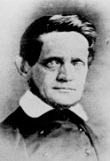


















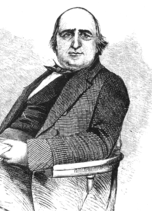
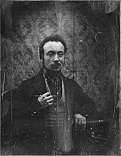
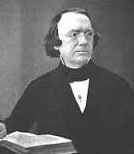

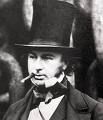

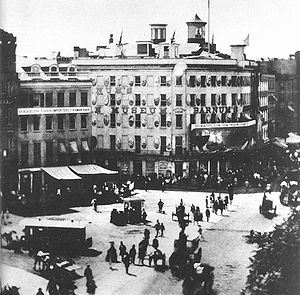

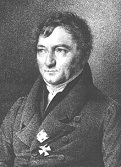


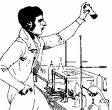


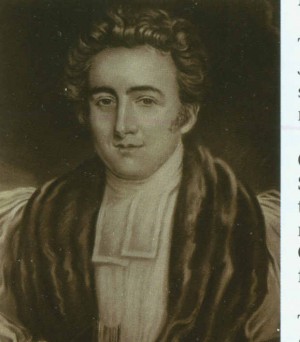














1841 There is a yellow fever epidemic in the U.S. There is a famine in Russia. On Jan. 1 Gen. Francisco Ferrera (1794-1851) becomes pres. of Honduras (until 1844), keeping close ties with fellow conservative govts. in Salvador and Guatemala and reinstating Church tithes and colonial legislation. On Jan. 2 the Chartist Circular is pub. in Britain, trying to convince voters of the desirability of universal adult male suffrage, after which they field eight candidates in the gen. election, who together win 692 votes and are all defeated; in 1847 their nine candidates get 2,848 votes, and leader Feargus O'Connor (1796-1855) defeats Whig MP Sir John Cam Hobhouse. Paraguay goes through a couple of pair of guys to get a real guy? On Jan. 22 Manuel Antonio Ortiz is replaced by Juan Jose Medina as pres. of Paraguay until Feb. 9, when he is replaced by Mariana Roque Alonzo, who on Mar. 14 is replaced by seminary-trained Carlos Antonio Lopez (1790-1862) (until 1862), known for his extensive knowledge of law and govt., who (gasp) stays in office for life. On Jan. 20 the island of Hong Kong ("fragrant harbor") at E side of the mouth of the Pearl River S of the Chinese province of Guangdong and E of Macau (modern-day pop. 7.4M) is ceded to Britain by China, and on Jan. 26 Britain formally occupies it (ends 1997); too bad, China failed to fortify the Pearl and Yangtze Deltas against British warships, turning into a major disaster; in 1860 the colony expands to the Kowloon Peninsula; in 1898 it signs a 99-year lease with China (ends 1997). In Jan. after sailing to the Antarctic in 1839 aboard HMS Erebus and HMS Terror, British explorer Sir James Clark Ross (1800-62) discovers Victoria Land, Ross Island, the Ross Sea, the Ross Ice Shelf et al., and goes on to explore and claim large areas of the Antarctic for Britain by 1843, setting a southern latitude record that lasts for 60 years - and now everybody snowboarding the Transantarctic Mountains has to stop by and say aloha? On Feb. 10 the 1840 Act of Union (British North Am. Act) of the English Parliament (enacted July 1840) is proclaimed in Montreal, uniting the Provinces of Lower and Upper Canada as the Province of Canada (until July 1, 1867); on June 14 the first Canadian parliament opens. On Feb. 17 2.8K British and sepoy troops, commanded by British Gen. Sir Charles James Napier (1782-1853) defeat a Baluch army of 30K at the Battle of Miani (Meeanee), ending the revolt of the emirs of Sindh, going on to conquer the whole Sindh Province despite orders only to put down the rebels; in 1844 Punch mag. pub. the message "Peccavi" (I have sinned) under his name, written by Catherine Winkworth, after which the saying goes "If this was a piece of rascality, it was a noble piece of rascality"; in 1847 Napier returns to England, then is sent back in 1849 as British CIC of Bombay (until 1851). On Feb. 14 Minh Mang (b. 1791) dies, and his son Thieu Tri (1807-47) becomes Nguyen emperor #3 of Vietnam (until 1847), becoming known for writing a circular palindrome poem with 12 readings. On Feb. 27 Anglican prelate John Henry Newman (1801-90) splits with the Anglican Church with the pub. of Tract Ninety; the Oxford authorities censure it on Mar. 15, and the Oxford Movement (begun 1833) fizzles. On Mar. 3 Peter Vivian Daniel (1784-1860), of old white colonial Va. stock becomes U.S. Supreme Court justice #28 (until May 31, 1860) to replace Philip Pendleton Barbour (1836-41), keeping the court at nine members; Daniel shows his colors by siding with the majority in the Dred Scott case. Number nine, I am the tippy hairy walrus, coo coo whigchoo, Tyler is ten, and William and Mary come to him? On Mar. 4 (Thur.) 68-y.-o. Va.-born William Henry Harrison (1773-1841), AKA "Old Tippecanoe", "Granny Harrison", "General Mum", "the Log Cabin Candidate", "the Cincinnatus of the West" becomes the 9th U.S. pres (until Apr. 4, 1841) in the 14th U.S. Pres. Inauguration in Washington, D.C. (oldest U.S. pres. at inauguration until ?) (last U.S. pres. born a British subject); first of four Whig presidents through 1853; John Tyler (1790-1862) becomes the 10th vice-pres. (until Apr. 4, 1841; both are born in Charles City County, Va.; First Lady is Anna Tuthill Symmes Harrison (1775-1864), who is sick and stays at home in North Bend, Ohio until it's too late and never moves into the White House; on Mar. 4 Harrison becomes the first sitting U.S. pres. to have his photograph taken; on Apr. 4 Harrison dies from pneumonia caught while giving a long-winded 100 min. 8K-word (longest speech ever, combined with shortest term ever) inaugural address in the rain without a hat or coat, becoming the first U.S. pres. to die in office, the first Whig to become U.S. pres., and the first Whig to die in office, starting a disturbing trend known as the Zero-Year Presidential Curse (Curse of Tippecanoe), where from now on every U.S. pres. elected in a year ending in zero dies in office, until forgetful Reagan in 1980 (whose brain only dies, does that count?); on Apr. 6 Richmond, Va.-born (Va. Dynasty) pro-slavery pro-states-rights strict constructionist atty. (William and Mary grad.) John Tyler (1790-1862), AKA "His Accidency", "President Without a Party", "Traitor Tyler" becomes the 10th U.S. pres. (until Mar. 4, 1845) in the 15th U.S. Pres. Inauguration in Washington, D.C., becoming the first veep to succeed to pres. upon the death of the incumbent, the first veep never to cast a tie-breaking vote as pres. of the U.S. Senate, and the first pres. not to have a vice-pres. (Fillmore, Johnson, Arthur); the 1st time that the U.S. has three presidents in the same year (Van Buren, Harrison, Tyler) (2nd time 1881); First Lady Letitia Christian Tyler (1790-1842) has been confined to an invalid's chair for the past two years, and dies next year; since there was no precedent, many are confused as to whether he is really the pres., despite his delivering an inaugural address; J.Q. Adams challenges his succession, claiming he can only wield the powers of the presidency but must remain vice-pres.; Tyler stands his hand, wins, and establishes a precedent, returning unopened all correspondence not addressed to him as pres.; as a former Dem. elected on a Whig ticket with a Whig Congress dominated by Henry "Mr. Whig" Clay, when he vetoes a bill chartering a new nat. bank and goes against the nationalist policies of the Whig party, Henry Clay leads a walkout of his cabinet (except secy. of state Daniel Webster, who leaves in 1843), and expels Traitor Tyler from the party, first calling him "His Accidency"; Tyler receives hundreds of assassination threats; meanwhile on Oct. 12 Tyler appoints John Canfield Spencer (1788-1855) (the special prosecutor who investigated the disappearance of William Morgan in 1826, and became a strong anti-Mason) as war secy. #17 (until Mar. 4, 1843), who goes on to propose a chain of army outposts from Council Bluffs, Iowa W to the Columbia River; too bad, next year his 19-y.-o. son, midshipman Philip Spencer (1823-43) is executed sans court-martial with two other sailors aboard the USS Somers for mutiny. On Mar. 7 King (until 1858) Lobe a Bebe of the Douala region of S Cameroon signs a treaty with British Capt. William Simpson Blount of the Pluto, agreeing to end sale and transport of slaves, reverting to barter trade in palms and ivory; domestic slavery continues. On Mar. 9 after eloquent arguments by former U.S. pres. J.Q. Adams, the U.S. Supreme Court rules 8-1 in U.S. vs. Schooner Amistad to set the Amistad prisoners free, and private funds are raised to send the 35 survivors back to Africa; Yale-educated middle-of-the-roader (epileptic) Henry Baldwin (1780-1844) of Penn. becomes the lone dissenter, becoming the first justice to pub. his dissenting opinions. On May 25 the Second Chartist Petition is presented to Parliament, accompanied by 1.3M signatures; too bad, it is rejected in Commons by the single vote of the speaker, and the fight goes on. On June 19 after the Repub. of Texas claims Santa Fe as part of its territory, the Texan Santa Fe Expedition of 21 ox-drawn wagons carrying $200K in merchandise plus 320 militia leaves Kenney's Fort near Austin, Tex. with the real goal of controlling the Santa Fe Trail and developing trade links with New Mexico, backed by Tex. pres. Mirabeau B. Lamar to stave off the growing Tex. annexation movement; too bad in mid-Sept. after arriving in N.M. they are met near modern-day Tucumcari, N.M. by a 1.5K-man Mexican army sent out by N.M. gov. Manuel Armijo, and are promised safe conduct in exchange for surrender, only to be double-crossed by Armijo, who has them chained and mistreated, then puts their fate to his officers, who by one vote decide not to execute them, after which they are forced to march 2K mi. to Mexico City, and released from Perote Prison leper colony in Veracruz on June 13, 1842, arriving in New Orleans, La. via Veracruz on Sept. 5, their number reduced to 47; in 1844 Mont Vernon, N.H.-born George Wilkins Kendall (1809-67), founder of The New Orleans Picayune in New Orleans, La. in 1837, who suffers smallpox in prison pub. the 900-page book Narrative of an Expedition Across the Great Southwestern Prairies, from Texas to Santa Fe, which sells 40K copies by 1852, going on to use his newspaper to advocate annexation of Tex. and war with Mexico, becoming the #1 war correspondent during the 1846-8 Mexican-Am. War before going into the sheep ranching business in Tex. in 1852 on the Nueces River, moving to Waco Springs then Boerne, becoming known as "Father of the Tex. Sheep Business". On June 21 Fordham U. (originally St. John's College until 1907) is founded in Tarrytown, N.Y. is founded by the Catholic Diocese of New York under the care of the Jesuits, becoming the first Roman Catholic higher ed. inst. in the NE U.S., receiving a charter from the New York legislature in 1846, and opening a chapter in Manhattan, N.Y., which becomes the independent College of St. Francis Xavier in 1861; in 1847 poet Edgar Allan Poe arrives in Fordham, N.Y., becoming lifelong friends with the college Jesuits, pub. "The Bells" in 1849; sports teams are called the Rams; alumni incl. Vince Lombardi, Pres. Donald Trump, Geraldine Ferraro, Andrew Cuomo, William J. Casey, John N. Mitchell, John O. Brennan, Cardinal Francis Spellman, Wellington Mara, Charles Osgood, G. Gordon Liddy, Denzel Washington, Alan Alda, Dylan McDermott, Mary Higgins Clark, Don DeLillo, Bob Keeshan, John LaFarge, and historian John Gilmary Shea. On July 19 the ship India, bound from Scotland to Australia sinks off Rio de Janeiro, killing 17. In July a Conservative V in the British gen. election causes Whig PM Lord Melbourne to resign, allowing Conservative Tory Sir Robert Peel (1788-1850) on Aug. 30 to become PM and chancellor of the exchequer again (until June 29, 1846), forming a cabinet incl. future PMs Wellington, Ripon, Stanley, Aberdeen, Gladstone and Disraeli; the Tories inherit five years of deficits caused by the blundering finances of the Liberal Whigs; Lord Aberdeen directs the foreign policy of the cabinet (until June 29, 1846); dick-whipped conservative Victoria avidly supports the Tories, and listens to her hubby's arguments that the sovereign's head, er, hole, er, roll, er, role in state affairs should not be strictly advisory - mister mike just don't talk, baby, it rules? On Aug. 24 new Manchester MP Richard Cobden (1804-65), an anti-protectionist laissez-faire manufacturer gives his first speech in the House of Commons, advocating repeal of the Corn Laws, going on to become a key player in Parliament. In Aug. 1841 after the Boer Voortrekkers proclaim the Natalia Repub., with capital in Durban, pissing-off the British gov. in the Cape, he sends a force of 250 to reassert control, but they end up under siege, with supplies running out; too bad, just as Andries Pretorius and his men are closing in, reinforcements under Col. Abraham Josias Cleete (1794-1886) arrive, causing the Boers to retreat N to Pietermaritzburg in Transorangia. On Sept. 23 bookkeeper John Colt (b. 1810), brother of gun and explosives manufacturer Samuel Colt is arrested for the murder of printer Samuel Adams, whose body was found in a packing case in the docks of feces-filled New York City and traced to him; he claims self-defense after a fist fight, and despite a high power defense paid for by his bro', he is convicted of first degree murder and scheduled to be hanged on Nov. 18, 1842; at noon he is allowed to marry Caroline Henshaw (who was already married to his brother Sam) and after an hour's conjugal visit the execution is about to begin when an explosion causes a prison fire, and after the confusion John is found dead in his cell with a butcher knife in his chest; later suspicions arise that Sam set the explosion, used his wife as a shill, had her switch clothes with John, bribed guards to let them substitute another body, and then spirited John to Europe, with a mysterious closed carriage parked next to the jail as the getaway vehicle - wait for the Dan Brown novel? In Oct. a hurricane destroys Ft. Dulany in SW Fla., causing Ft. Harvie to be built; in 1850 its name is changed to Fort Myers in honor of Jewish-Am. Col. Abraham Charles Myers (1811-89); it is abandoned in 1858, reoccupied in Dec. 1863 by Union troops, who use it as a base for cattle raids, then abandoned in Mar. 1865 after a Confed. attack. In Oct. after the Cofradia de San Jose religious movement, founded in 1832 by Apolinario de la Cruz (AKA Hermano Pule) (1814-41) to hold monthly masses for Joseph and Mary makes the mistake of admitting only natives and is mistaken for a political movement, the govt. sends troops, and after they fight back and take up arms, they make their second mistake and become a real insurrection, causing the govt. to step up the juice, killing Cruz on Nov. 4, and by next Jan. 1K members are killed and the movement is exterminated. Are you scared to take the Clorox 2 challenge? A brave white politician makes slave owners giddy? On Nov. 7 slave ship Creole is taken over by its 135 slaves en route from Hampton Roads, Va. to New Orleans, La., and after killing the captain they sail to Nassau, where they become free under British law, pissing-off the U.S. govt., secy. of state Daniel Webster demanding their return as property of U.S. citizens, which causes Whig abolitionist Joshua Reed Giddings (1795-1864) to introduce into the U.S. House of Reps a resolution declaring that slavery does not exist under federal but only under state laws; he is censured, resigns and is reelected, going on to lead opposition to the extension of slavery and go Republican; the slaves are never returned. On Nov. 18 the Battle of Ingavi in Bolivia sees a Bolivian force under Gen. Jose Ballivian defeat an invading Peruvian army under Marshal Agustin Gamarra (b. 1785), who is KIA, ending his vision of a united Peru and Bolivia. In Nov. the city of Dallas, Tex. (Gael. "dwellers by the waterfall") (modern-day pop. 5.1M/7.7M) in NE Tex. on 640 acres overlooking the Three Forks area of the Trinity River is settled by Tenn. trader-atty. John Neely Bryan (1810-77); the site is where JFK is assassinated on Nov. 22, 1963; in 1846 after attracting Anglo-Am. (non-Hispanic) settlers, it and the surrounding county are named after Philly-born Anglo U.S. vice-pres. #11 (1845-9) George Mifflin Dallas (1792-1864) - shouldn't that be Houston-Mufflin? On Dec. 7, after Britain and Prussia jointly appoint him as the first Protestant bishop in Jerusalem, Hebrew-speaking Prussian-born Jewish convert Michael Solomon Alexander (1799-1845) is ordained as the first Anglican bishop of the United Church of England and Ireland in Jerusalem, and sent by Queen Victoria and PM Gladstone on a warship to Jaffa with a number of missionaries, arriving in Jerusalem on Jan. 21, 1842, and founding the first Anglican church outside of England, announcing his intention of bringing Jews to Christ, pissing them off, esp. after baptiizng three Jews on May 21, 1843 in the new Hebrew Christ Church near the Jaffa Gate and next door to the British consulate; more Jews are baptized in 1844; the Roman Catholic Church responds by reestablishing their Latin Patriarchate in Jerusalem; Alexander dies on Nov. 23, 1845. On Dec. 13 pres. (since Dec. 10, 1838) Mirabeau Lamar steps down as pres. of the Repub. of Texas after gaining formal recognition by the major European powers and establishing a public school system (incl. the basis of the U. of Texas), and on Dec. 21 Sam Houston is reelected as Tex. pres. #3 (until Dec. 9, 1844), appointing Chester District, S.C.-born John Hemphill (1803-62) as chief justice of the Tex. Supreme Court (until 1858), becoming known as "the John Marshall of Texas"; on the side Hemphill lives with his black slave Sabina for over a decade and fathers two daughters by her. In Dec. Prince Albert decorates the first Christmas tree in Windsor Castle. The Second Repub. of Yucatan declares independence from the Mexican Federation (until 1848), promulgating a constitution that guarantees individual rights, religious freedom, and amparo (English civil law protection). The smaller they are the more they want a corner on the market? Jacksonian Dem. Thomas Wilson Dorr (1805-54) leads a popular reform movement against the outdated 1663 royal charter which burdens Rhode Island with the most restricted suffrage of all U.S. states; on Oct. 6 the extralegal People's Convention promulgates a new constitution providing for white manhood suffrage, regardless of property holdings; the state legislature holds a rival Landowners' Convention, and each elects its own govt. and gov.; too bad, money talks, and the vested interests call the game by summoning federal and state military force. Chile defeats the Peru-Bolivian Confederation, ending the war begun in 1835, and Gen. Manuel Bulnes becomes pres. of Chile (until 1846); meanwhile this decade is marked by discovery of new coal, copper, and silver deposits and a mining boom, which peaks out just as the Calif. Gold Rush begins, giving thousands of workers a place to go. Egyptian-controlled Syria (incl. Damascus) is restored to Turkey. Minh Mang dies, and his son Ang Duong (1796-1860) becomes king of Cambodia (until 1844, then 1845 to Oct. 19, 1860). The U.S. Preemption Act legalizes squatting on lands in the Am. West, and the Great Migration begins, the first wave of wagons crossing the Missouri River headed for Calif. and Oregon along the I-can't-help-myself Oregon Trail, led by missionary Marcus Whitman (1802-47) from Ft. Hall in E Idaho; Oregon City, Ore. is founded, becoming the first white town in Ore. (incorporated 1849); Am. Shoshone chief Washakie (1798-1900) of Utah and Wyo. aids settlers moving W, being more friendly to whites than his enemies the Sioux. Turkey's sovereignty is guaranteed by the five Great Powers, and the Turkish govt. grants hereditary sovereignty to Mehmet Ali and his heirs. The Russians finally abandon Ft. Ross on Port Rumiantsev (Bodega Bay, Calif.) (founded 1812), having exhausted the otter and seal pop. and failed to successfully farm the area, and after having cost the Russian govt. 45K rubles a year for the last four years to support them; the colonists sell their livestock and equipment to John Sutter and return to Sitka. Racine, Wisc. on Lake Michigan at the mouth of the Root River 60 mi. N of Chicago, Ill. is incorporated. Napoleon's exiled brother Joseph Bonaparte is allowed to return from the U.S. to Italy to join his wife Julia Marie Clary (-1845), sister-in-law of King Bernadotte of Sweden; one of her daughters, Zenaide Charlotte Julie becomes the wife of her cousin Charles, Prince of Canino, son of Lucien Bonaparte; the other, Charlotte Napoleone marries her cousin Louis Napoleon, 2nd son of Louis Bonaparte. The first U.S. Senate filibuster takes place over govt. printing. The streets of Canadian capital Toronto become the first to be illuminated by gas streetlights. The German establishment begins a Hegelianism Elimination Program from the minds of Prussian youth, and Frederick IV calls philosopher Freidrich Wilhelm Joseph Schelling (1775-1854), whose "identity of subject and object" philosophy, based on Kant, Fichte, and Spinoza has been tested in most leading German univs. to Berlin. The 412m Morpeth Roll is signed by 160K in honor of departing chief secy. to Ireland (1835-41) Lord Morpeth; it incl. two Thomas Reagans from Ballyporeen, County Tipperary, the great-uncle and great-grandfather of Pres. Ronald Reagan, and Patrick Feeny, grandfather of dir. John Ford. The Royal College of Psychiatrists is founded in England; the original name is Assoc. of Medical Officers of Asylums and Hospitals for the Insane, then the Medico Psychological Assoc., then in 1926 the Royal Medico Psychological Assoc., receiving its current name in 1971. The Great Western Railway in England, designed by Isambard Kingdom Brunel (1806-59) is finished, featuring tracks set 7 ft. apart instead of the standard 4 ft. 8.5 in. The Mercantile Agency is founded, becoming the first major credit info. business in the U.S.; in 1859 Robert Graham Dun (1825-1900) takes it over. Bethel, Conn.-born Phineas Taylor "P.T." Barnum (1810-91) buys Scudder's Am. Museum at the corner of Broadway and Ann St. in New York City, renaming it after himself and starting out as a freakshow, going on to offer strange and unusual attractions, peaking at 15K visitors/day until it burns down in 1865 after servicing 38M paying customers at 25 cents each in a country with a total pop. of 32M; Barnum allegedly coins the slogan "There's a sucker born every minute." After Friedrich Liszt turns it down due to ill health, Karl Marx becomes ed. of the Neue Rheinische Zeitung in Cologne, Germany. English Baptist minister and cabinet maker Thomas Cook (1808-92) begins arranging excursions for temperance supporters combining transportation, accomodations, and activities into a package, starting with a temperance meeting in Loughborough, Leicestershire, going on to found the modern internat. $4T/year tourist industry; in 1871 it becomes Thomas Cook & Son; in 1948 it is nationalized along with the railways under the British Transport Commission; in 1972 railways are denationalized, and it goes private; in 2007 it merges with MyTravel Group, which declares bankruptcy on Sept. 23, 2019, causing 150K Brits to be stranded worldwide, and the British govt. to step in to return them home; "Whole classes have for the 1st time found easy access to foreign countries and have acquired some of the familiarity with them which breeds not contempt but kindness." (William Gladstone) Future Russian novelist Fyodor Mikhailovich Dostyoevski (1821-81) graduates from the School of Military Engineers in St. Petersburg and is commissioned in the army (until 1844). French novelist George Sand (Amandine or Amantine Lucile Aurore, Baroness Dupine-Dudevant (1804-76) gets out of her romantic novel funk and begins writing brilliant pleas for a Socialist rev. in Europe (until 1848). London Library opens a subscription library. The first univ. degrees are granted to U.S. women. The Chemical Society of London is founded by 77 scientists after chemist Robert Warington (1807-67) (chemist at London brewery Truman, Hanbury & Buxton) acts as the driving force, receiving a royal charter in 1847. The utopian cooperative Brook Farm community in Mass. near Boston is formed by Transcendentalists incl. Nathaniel Hawthorne. Victor Marie Hugo is elected to the Academie Francaise. Felix Mendelssohn is called to Berlin by Frederick William IV of Prussia to reorganize the cathedral choir and direct concerts. 61-y.-o. Jean Auguste Dominique Ingres (b. 1780) marries 33-y.-o. Delphine Ramel (1808-87) three years after his first wife Madeline dies - let's rehearse that Turkish bath scene again? Amherst, N.H.-born Horace Greeley (1811-72) founds the New-York Tribune (New-York Daily Tribune until 1866) as a "Great Moral Organ" for Whigs, positioning it between the sensational New York Herald and the academically detached New York Evening Post, writing against unequal distribution of wealth, monopolies, and land grabs by railroads, while promoting protective tariffs, development of agriculture, and migration to the Am. West; in 1852-62 Karl Marx is hired as their London-based European correspondent, with his collaborator Friedrich Engels allowed to submit articles under his byline; it ceases pub. in 1966. The humorous weekly periodical Punch is founded in London by Henry Mayhew (1812-87) and engraver Ebenezer Landells (1808-60), helping to coin the term "cartoon" and reaching its peak influence in the 1840s-1850s; it closes in 1992, and is revived in 1996-2002. Jon Sigurdsson (1811-79) et al. found Ny Felagsrit (Ný Félagsrit), a newspaper advocating Icelandic nationalism. French photographer Joseph-Philibert Girault de Prangey (1804-92) tours the Holy Land incl. Egypt, Syria, Turkey, Greece, and Palestine (until 1844), making the first modern photographs (daguerreotypes) of Jerusalem; they are discovered in the 1920s, and first exhibited on Jan. 30, 2019 by the Metropolitan Museum of Art in New York City; in May 2003 Qatar Sheikh Saud Al Thai buys one for a world record price of £565,250 ($922,488). tours the Holy Land (until 1844), making the first modern photographs (daguerreotypes) of Jerusalem; they are discovered in the 1920s, and first exhibited on Jan. 30, 2019 by the Metropolitan Museum of Art in New York City; in May 2003 Qatar Sheikh Saud Al Thani buys one for a world record price of £565,250 ($922,488). Austrian brewer ("the King of Brewers") Anton Dreher (1810-63), friend of Gabriel Sedlmayr Jr. of Spaten Brewery introduces Schwechater Lagerbier, pioneering Pale Lager, which combines the crispness of lager with the pale hues of English ale, becoming known as Vienna Style Beer. in 1862 Dreher acquires Kobanya Brewery in Budapest, Hungary (founded 1854); the combined co. becomes independent in 1907 until the Communist takeover in 1949, which nationalizes it; in 1993 it joins the South African Breweries (SAB), which in May 2002 merges with the Miller Brewing Co. to create SABMiller. Architecture: The Palais de Rohan (begun 1731) in Strasbourg is finished. Mormon leader Joseph Smith Jr. builds the Red Brick Store on Water St. in Nauvoo, Ill., turning the 2nd floor into his HQ. Sports: Conn. bans ninepin bowling because of betting, causing 10-pin bowling to be created to get around the law. Inventions: Prussian gunsmith Johann Nikolas Dreyse designs the first breech-loading military rifle. Frederick de Moleyns of England is granted the first patent for an incandescent lamp, using powdered charcoal between two platinum wires in a vacuum bulb. Viennese mathematician Joseph Petzval (1807-91) of Hungary invents the photographic Petzval Portrait Lens with a speed of f/3.6, after which entrepreneur Peter Wilhelm Friedrich von Voigtlander (Voigtländer) (1812-78) gets in a fight over patent rights; too bad, Petzval's house is broken into in 1859 and all his papers stolen, causing him to become bitter and broke and end up in a monastery in 1877. Belgian instrument maker Antoine-Joseph "Adolphe" Sax (1814-94) invents the Saxophone (patented on June 28, 1846); also the saxhorn and the saxotromba. English mechanical engineer Sir Joseph Whitworth (1803-87) devises the British system of standard screw threads - it's not worth a whit? Science: Scottish physician James Braid (1795-1860) coins the term "hypnotism", becoming the first to use it in the modern sense as a "psycho-physiological" rather than occult phenomenon. Friedrich Wilhelm Bessel determines the ellipticity of the Earth as 1/299. C.J. Fritzsche of Germany produces aniline oil by treating indigo with potassium hydroxide. Swiss embryologist Rudolf Albert von Kolliker (1817-1905) describes spermatozoa, and supports the neuron doctrine. German zoologist Martin Hinrich Carl Lichtenstein (1780-1857) founds the Berlin Zoological Garden after talking Frederick William IV of Prussia to donate the grounds of his pheasantry; it opens in 1844. Carlo Matteucci (1811-68) of Italy discovers a difference of electrical potential between an excised nerve and damaged muscle, leading Emil du Bois-Reymond (1818-96) to found a German school of physiologists seeking to reduce physiological phenomena to physico-chemical processes. In 1841 Irish physician Sir William Brooke O'Shaughnessy (1809-89) introduces cannabis sativa (hashish, marijuana) to Western medicine. English zoologist Sir Richard Owen (1804-92) coins the term "dinosaur" (Gr. "fearfully great or terrible lizard"). Nonfiction: Bronson Alcott (1799-1888), Spiritual Culture. Hans Christian Andersen (1805-75), Fairy Tale of My Life (autobio.). Bruno Bauer (1809-82) and Karl Marx (1818-83), The Trumpet of the Last Judgment Against Hegel the Atheist and Antichrist (parody); Hegelian Bauer breaks his 2-year friendship with Marx over Communism. Catharine Esther Beecher (1880-78), A Treatise on Domestic Economy: For the Use of Young Ladies at Home and at School; bestseller by the sister of Harriet Beecher Stowe, making her famous first; a guide to domestic self-mgt. for women, making the home their domain; she goes on to argue for a greater role for women in society, female education, and the incorporation of kindergarten into the education of children. Louis Blanc (1811-82), History of the Years 1830-1840. George Henry Borrow (1803-81), Zincali, or the Gypsies in Spain; based on his travels in Spain, Portugal, and Russia in 1833-40. George Bradshaw (1800-53), Railway Guide. Thomas Carlyle (1795-1881), On Heroes, Hero Worship, and the Heroic in History; a series of lectures given in May 1840; how world civilization is powered by "great men", incl. Muhammad, ergo democracy sucks?; calls Muhammad a genuinely religious man, but condemns the Quran as the most boring book on Earth, "as toilsome reading as I ever undertook. A wearisome, confused jumble, crude, incondite; endless iterations, long-windedness, entanglement; most crude, incondite, insupportible stupidity in short"; still, hero Muhammad can't be a false prophet: "A false man found a religion? Why, a false man cannot build a brick house!... It will not stand for twelve centuries, to lodge a hundred-and-eighty million; it will fall straightaway"; "All that mankind has done, thought, gained or been: it is lying as in magic preservation in the pages of books"; "What we become depends on what we read after all of the professors have finished with us. The greatest university of all is a collection of books"; "Histories are a kind of distilled newspapers"; "In books lies the soul of the whole Past Time; the articulate audible voice of the Past, when the body and material substance of it has altogether vanished like a dream"; "A man lives by believing something; not by debating and arguing about many things." George Catlin (1796-1872), Manners, Customs, and Conditions of the North American Indians. Jean-Francois Champollion (1790-1832), Egyptian Dictionary (1842-3) (posth.). Victor Cousin (1792-1867), Cours d'Histoire de la Philosophie Moderne. William Cooper Dendy (1794-1871), The Philosophy of Mystery; about dreams, spectral illusions et al. Ralph Waldo Emerson (1803-82), Essays, First Series; incl. the essays Self-Reliance, ("A foolish consistency is the hobgoblin of little minds, adored by little statesmen and philosophers and divines") ("To be great is to be misunderstood") (“To believe your own thought, to believe that what is true for you in your private heart is true for all men, — that is genius. Speak your latent conviction, and it shall be the universal sense; for the inmost in due time becomes the outmost", and The Over-Soul ("The Supreme Critic on the errors of the past and the present, and the only prophet of that which must be, is that great nature in which we rest, as the earth lies in the soft arms of the atmosphere; that Unity, that Over-soul, within which every man's particular being is contained and made one with all other; that common heart.") Ludwig Feuerbach (1804-72), The Essence of Christianity (Das Wesen des Christentums); claims that religious faith is based on contradictions, and that its true essence is anthropological, and God is the outward projection of man's inward nature; makes fans of Karl Marx and Friedrich Engels. Nathaniel Hawthorne (1804-64), Grandfather's Chair; New England history for children. Georg Herwegh, Gedichte eines Lebendigen (2 vols.) (1841, 1844). Moses Hess (1812-75), European Triarchy. Yevhen Hrebinka (1812-48), Lastovka; early Ukrainian almanac. Isaac D'Israeli (1766-1848), Amenities of Literature (3 vols.). Soren Kierkegaard (1813-55), The Concept of Irony with Reference to Socrates; his univ. thesis. Friedrich List (1789-1846), The National System of Political Economy (Nationales System der Politischen Okonomie); written after emigrating to Penn. in 1825 and discovering coal in his land before returning to Germany in 1833, bringing Henry Clay's American System with him; backs protectionism as necessary for a country to catch up with rivals, and considers state regulation of industry essential; advocates an alliance between Germany and Britain to counter the rising of the U.S. and Russia; big hit, becoming the bestselling German economics book after Karl Marx's "Das Kapital", influencing National Socialism and the European Economic Community; "Any nation which by means of protective duties and restrictions on navigation has raised her manufacturing power and her navigation to such a degree of development that no other nation can sustain free competition with her, can do nothing wiser than to throw away these ladders of her greatness, to preach to other nations the benefits of free trade, and to declare in penitent tones that she has hitherto wandered in the paths of error, and has now for the first time succeeded in discovering the truth"; "Adam Smith's doctrine is, in respect to national and international conditions, merely a continuation of the physiocratic system. Like the latter, it ignores the very nature of nationalities, seeks almost entirely to exclude politics and the power of the State, presupposes the existence of a state of perpetual peace and of universal union, underrates the value of a national manufacturing power, and the means of obtaining it, and demands absolute freedom of trade. Adam Smith fell into these fundamental errors in exactly the same way as the physiocrats had done before him, namely, by regarding absolute freedom in international trade as an axiom assent to which is demanded by common sense, and by not investigating to the bottom how far history supports this idea." Charles Mackay (1814-89), Extraordinary Popular Delusions and the Madness of Crowds; "Men, it has been well said, think in herds... They go mad in herds, while they only recover their senses slowly, and one by one." Theodore Parker (1810-60), The Transient and Permanent in Christianity; West Roxbury, Mass. Unitarian minister shocks conservatives with his crypto-denial of miracles, or at least people's present need for them. Edward Robinson (1794-1863), Biblical Researches in Palestine, Mount Sinai and Arabia Petraea (and the Adjacent Regions) (3 vols.); his magnum opus, based on travels to Palestine in 1838, pioneering Biblical geography by identifying numerous Bible sites for the first time incl. Robinson's Arch in Jerusalem; he returns in 1852, pub. an enlarged ed. in 1856. John Lloyd Stephens (1805-52), Incidents of Travel in Central America, Chiapas and Yucatan (2 vols.); illustrated by his partner Frederick Catherwood (1799-1854); their travels to the lost Mayan world in 1840-1 incl. Chichen Itza; big hit, causing travelers to flock in; Edgar Allan Poe becomes a fan. C.B. Thompson (1814-95), Evidences in Proof of the Book of Mormon; claims that America is the promised land (of whites). Alexander Young, Chronicles of The Pilgrim Fathers of The Colony of Plymouth: 1602-1625) (Boston). Music: Adolphe Charles Adam (1803-56), Jean Coralli, and Jules Perrot, Giselle (ballet); "the Hamlet of the dance"; the story of a peasant girl who falls in love with a nobleman in disguise, then goes insane and dies after discovering that he is already engaged and has betrayed her. Daniel Auber (1782-1871), Les Diamants de la Couronne (opera) (Opera Comique, Paris). Niels Wilhelm Gade (1817-90), Ossian Overture; gets him a stipend from Christian VIII to travel in Italy and study in Leipzig. Charles Gounod (1818-93), Messe a Tre (Rome). Fromental Halevy (1799-1862), Le Guitarrero (opera); La Reine de Chypre (opera); makes Richard Wagner a fan. Carl Otto Nicolai, Gildippe e Odoardo (opera) (Genoa); Il Proscritto (opera) (Milan); Mariana (opera) (Milan). Gioacchino Rossini (1792-1868), Stabat Mater (Salle Herz, Paris). Robert Schumann (1810-56), Symphony No. 1 in B-flat major, Op. 38 ("Spring Symphony") (Leipzig) (Mar. 31); debut conducted by Felix Mendelssohn. Plays: Dion Boucicault (1820-90), London Assurance (comedy) (debut) (Mar.) (Covent Garden); makes this Irishman an instant success, so he decides to stay in London. Ferdinand Freiligrath, Glaubensbekenntnis - baby let your hair hang down? Friedrich Hebbel (1813-63), Der Diamant (comedy). Poetry: Robert Browning (1812-89), Pippa Passes (Bells and Pomegranates No. 1); a young innocent girl in the crime-ridden town of Asolo; its frank sexuality pisses-off Victorians; contains the soundbyte: "The lark's on the vine;/ The snail's on the thorn;/ God's in his Heaven;/ All's right with the world!"; at the end he goofs up royal, with Pippa calling out "Then owls, and bats, cowls and twats,/ Monks and nuns, in a cloister's moods,/ Adjourn to the oak-stump pantry!"; he later admits that he misread a 1660 rhyme "They talk't of his having a Cardinall's Hat/ They'd send him as soon an Old Nun's Twat", thinking a twat is a nun's habit?; the town of Pippa Passes, Ky. is named for the poem. Henry Wadsworth Longfellow (1807-82), Ballads and Other Poems; incl. The Village Blacksmith, The Wreck of the Hesperus (about the Jan. 6, 1839 shipwreck of the Favorite off Norman's Woe, Gloucester, Mass.). Edgar Allan Poe (1809-49), The Sleeper; from his 1831 poetry collection; pub. in the Philadelphia Saturday Courier on May 22; considers it to be his best poem, better than "The Raven". John Sterling (1806-44), The Election. Novels: William Harrison Ainsworth (1805-82), Windsor Castle. Honore de Balzac (1799-1850), La Cousine Bette (Cousin Betty). Jules Amedee Barbey d'Aurevilly (1808-89), L'Amour Impossible. James Fenimore Cooper (1789-1851), The Deerslayer; last of the Leather-Stocking Tales about Natty Bumppo. Charles Dickens (1812-70), Barnaby Rudge; his first historical novel, inspired by Sir Walter Scott (1771-1832), about the 1780 Gordon Riots in London, local idiot Rudge and his pet raven Grip at the Maypole Inn in Chigwell, proprietor John Willet, father of Joe Willet, lover of Dolly Varden, daughter of locksmith Gabriel Varden; in 1753 Rudge's daddy Rudge Sr. murdered Reuben Haredale of the Warren and his gardener, switched clothes with the latter and split, then shows up during the Gordon Riots; Edgar Allan Poe gets the idea for "The Raven" from Grip. Joseph von Eichdorff, Die Glucksritter. Jeremias Gotthelf (Albert Bitzius) (1797-1854), Uli the Farmhand (Uli, der Knecht); works for farmer Johannes and drinks his wages. Maurus Jokai (1825-1904), Weekdays. Gottfried Keller (1819-90), Gedichte (debut); gets him a govt. stipend, allowing to study philosophy at Heidelberg U. Charles James Lever (1806-72), Charles O'Malley. Frederick Marryat (1792-1848), Masterman Ready. Edgar Allan Poe (1809-49), The Murders in the Rue Morgue (Apr.); pub. in Graham's Mag.; the first detective (mystery) story; the sequel is The Mastery of Marie Roget: A Sequel to "The Murders in the Rue Morgue" (pub. in Nov. 1842-Feb. 1843 in Snowden's Ladies Companion, becoming the first murder mystery based on a real crime. The Mystery of Marie Roget. Jules Sandeau (1811-83), Le Docteur Herbeau. Charles Sealsfield (Karl Anton Postl) (1793-1864), Das Kajutenbuch (The Cabin Book). Emily Anne Eliza Shirreff (1814-97) and Maria Georgina Grey (1816-1906), Passion and Principle; the crying deficiencies in education of English women. M.A. Titmarsh (ed.), Comic Tales and Sketches (2 vols.); incl. "The Great Hoggarty Diamond" and "The Second Funeral", "The Chronicle of the Drum" by William Makepeace Thackeray. Charlotte Elizabeth Tonna (1790-1846), Conformity; Falsehood and Truth; Helen Fleetwood: Tales of the Factories. Births: Scottish "Who's Who in Mythology" archeologist Alexander Stuart Murray (d. 1904) on Jan. 8 in Arbroath; educated at the U. of Edinburgh, and U. of Berlin. Am. engineer and Arctic explorer Rear Adm. George Wallace Melville (d. 1912) on Jan. 10 in New York City; educated at the Brooklyn Polytechnic Inst. Dutch philologist (in Germany) Bernhard Egidius Konrad ten Brink (d. 1892) on Jan. 12 in Amsterdam. French Impressionist painter Berthe Marie Pauline Morisot (d. 1905) on Jan. 14; first woman to join the Impressionists; one of the Trois Grandes Dames of Impressionism with Marie Bracquemond (1840-1916) and Mary Cassatt (1844-1926). Am. liberal Presbyterian scholar-theologian Charles Augustus Briggs (d. 1913) on Jan. 15 in New York Cit; educated at Union Theological Seminary, and U. of Berlin. English Conservative politician (Freemason) Frederick Arthur Stanley, 16th Earl of Derby (Lord Stanley of Preston) (d. 1908) on Jan. 15; educated at Eton and Sandhurst. French "Pieces Pictoresque" Romantic composer Alexis-Emmanuel Chabrier (d. 1894) on Jan. 18 in Ambert, Auvergne. U.S. Civil War Union Col. Alonzo Hersford Cushing (d. 1963) on Jan. 19 in Delafield, Wisc.; grows up in Fredonia, N.Y. French actor-mgr. Benoit-Constant Coquelin (Coquelin aine) (d. 1909) on Jan. 23 in Boulogne-sur-Mer, Pas-de-Calais; the original Cyrano de Bergerac. British adm. John Arbuthnot "Jacky" "Jackie" Fisher, 1st Baron Fisher of Kilverstone (d. 1920) on Jan. 25 in Ramboda, Ceylon; #2 British adm. after Horatio Nelson. English Harrods dept. store magnate Charles Digby Harrod (d. 1905) on Jan. 25; son of Charles Henry Harrod (1799-1885). British (Welsh) "Dr. Livingstone, I presume?" journalist-explorer (Africa) Sir Henry Morton Stanley (John Rowlands) (d. 1904) on Jan. 28 in Denbigh; his parents abandon him as an infant, causing him to be called a bastard; raised by his maternal grandfather Moses Parry; emigrates to the U.?S. in 1859, meeting wealthy trader Henry Hope Stanley (-1878) when he disembarks in New Orleans, La., and becoming his de facto adopted son, pretending to be U.S.-born and joining the Confed. Army, fighting in the 1862 Battle of Shiloh, getting taken POW and put in Camp Douglas in Ill., and turned into a "Galvanized Yankee", joining the Union Army on June 4, 1862 before being discharged on June 22 due to illness, recovering, then joining the Union Navy in July 1864 until jumping ship on Feb. 10, 1865 in N.H.; after the Civil War he becomes a journalist - steady is exciting? French pres. #7 (1895-9) Felix (Félix) Francois Faure (d. 1899) on Jan. 30 in Paris. Italian Dominican confessor Blessed "Apostle of the Rosary" Bartolo Longo on Feb. 10 in Latiano (near Brindisi); beatified on Oct. 26, 1980. Am. Bloomingdale's co-founder (Jewish) Lyman Gustave Bloomingdale (d. 1905) on Feb. 11 in New York City; son of Bavarian German Jewish immigrant Benjamin Bloomingdale; brother of Joseph Bernard Bloomingdale (1842-1904). Spanish Catalon composer-musicologist Felip Pedrell (d. 1922) on Feb. 19 in Tortosa. Am. engineer (submarine inventor) John Philip Holland (d. 1914) on Feb. 24 in Liscannor, County Clare, Ireland; emigrates to the U.S. in 1873. French Impressionist painter Pierre-Auguste Renoir (d. 1919) on Feb. 25 in Limoges, Haute-Vienne; father of Pierre Renoir Jr. (1885-1952) and Jean Renoir (1894-1979); pupil of Charles Geyre; known for painting rosy face cheeks on his zillions of plump nude women. French tragic actor Jean Mounet-Sully (Jean-Sully Mounet) (d. 1916) on Feb. 28 in Bergerac; brother of Jean Paul Mounet (1847-1922). British statesman-diplomat Evelyn Baring, 1st Earl of Cromer (d. 1917) on Feb. 26; first British gov. of Egypt (1879-1907); father of Sir Evelyn Baring (1903-73). U.S. Sen. (1875-81) (black) Blanche Kelso Bruce (d. 1898) on Mar. 1 in Farmville, Va; born a slave to a white father and black mother. Canadian oceanographer ("Father of Modern Oceanography") Sir John Murray (d. 1914) on Mar. 3 in Cobourg, Ont.; Scottish immigrant parents; knighted in 1898; coiner of the term "oceanography". Am. Kansas City Star publisher William Rockhill Nelson (d. 1915) on Mar. 7 in Fort Wayne, Ind.; son of Isaac De Groff Nelson (1810-91) and Elizabeth Rockhill (1816-89), daughter of William R. Rockhill (1793-1865); educated at Notre Dame U. U.S. Supreme Court justice #58 (1902-32) ("the Great Dissenter") ("the Magnificent Yankee") Oliver Wendell Holmes Jr. (d. 1935) on Mar. 8 in Boston, Mass.; son of Oliver Wendell Holmes Sr. (1809-94); educated at Harvard U. Italian Liberal PM (1910-11) (Jewish) Luigi Luzzatti (d. 1927) on Mar. 11 in Venice; first Jewish PM of Italy. South African PM (1908-10) John Xavier Merriman (d. 1926) on Mar. 15 in Street, Somerset, England. English actress-mgr. Henrietta Hodson (d. 1910) on Mar. 26 in Westminster, London; wife (1887-) of Henry Labouchere (1831-1912). Egyptian rev. leader (first fellahin) Col. Ahmed (Ahmad) Orabi (Urabi) (Ourabi) (d. 1911) on Mar. 31 in Hirriyat Razna (near Zagazig), Sharqia Governate. French inventor and aviation pioneer Clement Ader (d. 1925) on Apr. 2 in Muret, Haute Garonne. Am. liquor distiller Joseph Emm Seagram (d. 1919) on Apr. 15 in Fisher's Mills (near Cambridge), Ont. Czech "Jan Maria Plojhar" novelist-dramatist Julius Zeyer (d. 1901) on Apr. 26 in Prague; German-French parents. Am. poet-essayist Edward Rowland Sill (d. 1887) on Apr. 29 in Windsor, Conn.; educated at Yale U., and Harvard Divinity School. British Vice-Adm. Charles Cooper Penrose-Fitzgerald (d. 1921) on Apr. 30 in Corkbeg, Ireland. Canadian whiskey distiller French "The Crowd" sociologist Gustave Le Bon (d. 1931) on May 7 in Nogent-le-Routrou. Am. New York Herald newspaper pub. and sportsman James Gordon Bennett Jr. (d. 1918) on May 10 in New York City; son of James Gordon Bennett Sr. (1795-1872). U.S. Rep. (R-Iowa) (1889-91, 1893-1907) John Fletcher Lacey (d. 1913) on May 30 in New Martinsville, W. Va. Am. geologist-volcanologist Clarence Edward Dutton (d. 1912) on May 15 in Wallingford, Conn.; educated at Yale U. French "Philomela" novelist-poet-playwright (Jewish) Catulle Mendes (Mendès) (d. 1909) on May 22 in Bordeaux; of Sephardic Jewish descent. French automobile pioneer Louis Francois Rene Panhard (d. 1908) on May 27 in Paris. Italian pianist-composer Giovanni Sgambati (d. 1914) on May 28 in Rome. Am. financier (co-founder of the Standard Oil Co.) (Jewish) William Avery Rockefeller Jr. (d. 1922) on May 31 in Richford, N.Y.; 3rd son of salt-timber trader and vagabond William Avery "Big Bill" Rockefeller Sr. (1810-1906) and Eliza Davison (1813-89); brother of John D. Rockefeller Sr. (1839-1937). Am. sociologist-geologist-paleontologist ("Father of American Sociology") Lester Frank Ward (d. 1913) on June 18 in Joliet, Ill.; serves in the U.S. Treasury Dept. in 1865-81, the U.S. Geological Survey in 1881-92, switches to paleontologist until 1906, then switches to prof. of sociology at Brown U. German historian (in the U.S.) Hermann Eduard von Holst (d. 1904) on June 19 in Fellin (Viljandi), Russian Livonia; lives in the U.S. in 1867-1900, teaching German historical methods. German architect Paul Wallot (d. 1912) on June 26 in Oppenheim am Rhein; of Huguenot descent; co-designer with Friedrich von Thiersch of the Berlin Reichstag. U.S. Dem. Navy secy. #31 (1885-9) and automobile pioneer William Collins Whitney (d. 1904) on July 5 in Conway, Mass.; descendant of Plymouth gov. William Bradford; brother of Henry Melville Whitney (1839-1923); educated at Yale U. (Skull & Bones), and Harvard U. Austrian architect Otto Koloman Wagner (d. 1918) on July 13 in Penzing, Vienna; pioneer of modern reinforced concrete structure. English "Jackanapes" children's writer Juliana Horatia Ewing (nee Gatty) (d. 1885) on Aug. 3 in Ecclesfield, Yorkshire. Anglo-Argentinian "Green Mansions" naturalist novelist William Henry Hudson (d. 1922) on Aug. 4 in Quilmes (near Buenos Aires), Argentina; Am. parents; emigrates to England in 1874. Scottish "The Book of Orm" poet-dramatist-novelist Robert Williams Buchanan (d. 1901) on Aug. 18 in Caverswall, Staffordshire. Swiss surgeon (thyroid researcher) Emil Theodor Kocher (d. 1917) on Aug. 25 in Bern; first surgeon to treat goiter by removing the thyroid gland. Scottish classical Greek scholar Sir Richard Claverhouse Jebb (d. 1905) on Aug. 27 in Dundee; educated at Charterhouse School, and Trinity College, Cambridge U. French inventor ("the Father of Cinematography") Louis Aime (Aimé) Augustin Le Prince (d. 1890) on Aug. 28 in Metz. Czech #1 "New World Symphony" composer Antonin Leopold Dvorak (d. 1904) (pr. DVOR-zhak) on Sept. 8 in Nelahozeves (Muhlhausen), Bohemia; child violin prodigy; studies with Anton Liebmann; teacher of Josef Suk and Vitezlav Novak. English Biblical scholar Thomas Kelly "T.K." Cheyne (d. 1915) on Sept. 18 in London; educated at Oxford U.; converts to Baha'i in 1912. Latvian "Lacplesis" poet Andrejs Pumpurs (d. 1902) on Sept. 22. Am Dem. Tex. gov. #22 (1899-1903) Joseph Draper Sayers (d. 1929) on Sept. 23 in Grenada, Miss.; moves to Bastrop, Tex. in 1851. French statesman and PM (1906-9, 1917-20) ("Le Tigre") Georges Eugene Benjamin Clemenceau (d. 1929) on Sept. 28 in Mouilleron-en-Pareds, Vendee. Dutch brewer Gerard Adriaan Heineken (d. 1893) on Sept. 28 in Amsterdam. Am. physicist-meteorologist (stylometry pioneer) Thomas Corwin Mendenhall (d. 1924) on Oct. 4 in Hanoverton, Ohio; self-taught; Am. Christian Zionist Methodist evangelist William Eugene Blackstone (d. 1935) on Oct. 6 in Adams, N.Y. English London Daily Telegraph drama critic (1871-98) Clement Scott (d. 1904) on Oct. 6 in London; converts to Roman Catholicism at age 20. Montenegran Petrovic king (1910-18) Nicholas (Nikola) I Mirkov Petrovich-Nyegosh (d. 1921) on Oct. 7 (Sept. 25 Old Style) in Niegusi; nephew of Danilo I. Danish botanist Johann Eugenius (Eugen) Bulow Warming (d. 1924) on Nov. 3 in Mando; educated at the U. of Copenhagen - should have been a meteorologist? Japanese PM #1 (1885-6, 1892-6, 1898, 1900-1) Prince Ito Hirobumi (Hayashi Risuke) (AKA Ito Shunsuke, Hirofumi, Hakubun) (d. 1909) on Oct. 16 in Tsukari, Yamaguchi Prefecture. Am. rubber manufacturer Benjamin Franklin Goodrich (d. 1888) on Nov. 4 in Ripley, N.Y.; educated at Cleveland Medical College (Case Western Reserve U. School of Medicine), and U. of Penn.; starts out as a battlefront surgeon for the Union Army in the U.S. Civil War. Am. "Payne-Aldrich Tariff" Repub. Sen. (1883-1913) Nelson Wilmarth Aldrich (d. 1915) on Nov. 6 in Foster, R.I. French pres. #9 (1906-13) and PM (1883) Clement (Clément) Armand Fallieres (Fallières) (d. 1931) on Nov. 6 in Mezin. Scottish "A Daughter of Heth" novelist William Black (d. 1898) on Nov. 9 in Glasgow. English king (1901-10) ("the Peacemaker") Edward VII (Albert Edward) (d. 1910) on Nov. 9 in Buckingham Palace, London; eldest son of Queen Victoria (1819-1901) and Prince Albert (1819-61); uncle of Kaiser Wilhelm II (1859-1941); educated at Oxford U., Cambridge U. and Edinburgh U.; first Saxe-Coburg-Gotha British monarch. British explorer Adm. Sir Albert Hastings Markham (d. 1918) on Nov. 11 in Bagneres-de-Bigorre, France; grows up in Guernsey and London; knighted in 1903; designer of the New England flag. Austro-Hungarian diplomat Count Laszlo Szogyeny (Szogyény-Marich de Magyar-Szogyén et Szolgaegyháza) (d. 1916) on Nov. 12 in Vienna; born into an old Hungarian noble family. Canadian Liberal PM #8 (1896-1911) Sir Henri Charles Wilfrid Laurier (d. 1919) on Nov. 20 in St. Lin, Lower Canada (Quebec); first French-Canadian PM; knighted in 1897. Am. Repub. politician and Civil War Union brig. gen. (Freemason) Henry Harrison Bingham (d. 1912) on Dec. 4 in Philadelphia, Penn. Am. judge (creator of the loganberry) James Harvey Logan (d. 1928) on Dec. 8 in Rockfille, Ind. French Protestant Socialist pacifist politician Ferdinand Edouard Buisson (d. 1932) on Dec. 20. German "Johann Sebastian Bach" music historian-musicologist Julius August Philipp Spitta (d. 1894) on Dec. 27 in Wechold (near Hoya); educated at the U. of Gottingen. English biologist (discoverer of imprinting) Douglas Alexander Spalding (d. 1877) in Islington, London. French realist painter Jean Charles Cazin (d. 1901). Mexican archeologist-politician Alfredo Chavero (d. 1906). Norwegian Hansen's Disease (leprosy) physician Armauer Gerhard Heinrik Hansen (d. 1912) in Bergen. Am. voting machine inventor Jacob Hiram Myers (d. 1920) in Bellefonte, Penn.; educated at Bellefonte Academy. Deaths: French canning inventor Nicolas Francois Appert (b. 1749). Am. Baptist minister John Leland (b. 1754) on Jan. 14. French Rev. leader Bertrand Barere de Vieuzac (b. 1755) on Jan. 13. French geologist Jean-Francois d'Aubuisson de Voisins (b. 1762) on Aug. 20. French marshal Claude Victor-Perrin, 1st duke of Belluno (b. 1764) on Mar. 1 in Paris. English Elgin Marbles diplomat Thomas Bruce, 7th Earl of Elgin (b. 1766) on Nov. 14 in Paris. English surgeon Sir Astley Paston Cooper (b. 1768) on Feb. 12 in London. French Gen. Pierre Cambronne (b. 1770) on Jan. 29 in Nantes; the Place Cambronne in Paris is later erected in his honor, along with a statue in Nantes. U.S. pres. #9 William Henry Harrison (b. 1773) on Apr. 4 (pneumonia). Spanish poet-theologian Jose Maria Blanco White (b. 1775) on May 20 in Liverpool, England. English educator George Birkbeck (b. 1776) on Dec. 1 in London. German philosopher-educator Johann Friedrich Herbart (b. 1776) on Aug. 11 in Gottingen. Swiss botanist Augustin Pyramus de Candolle (b. 1778) on Sept. 9 in Geneva. Am. anti-war activist William Ladd (b. 1778) on Apr. 9 in Portsmouth, N.H. U.S. secy. of state (1834-41) John Forsyth (b. 1780) on Oct. 21 in Washington, D.C. English "Chantrey Bequest" sculptor Sir Francis Chantrey (b. 1781); leaves a sum to the Royal Academy to buy works by British artists, which end up in the Tate Gallery. German architect Karl Friedrich Schinkel (b. 1781) on Oct. 9. U.S. Supreme Court justice #24 (1836-41) Philip Pendleton Barbour (b. 1783) on Feb. 21 in Washington, D.C. Peruvian pres. #10 (1829-33) and #14 (1838-41) Marshal Agustin Gamarra (b. 1785) on Nov. 18 in Ingavi, Bolivia (KIA). Hungarian philologist Alexander Csoma de Koros (b. 1784) on Apr. 11 in Darjeeling, India. Scottish genre painter Sir David Wilkie (b. 1785) on June 1. English novelist-humorist Theodore Edward Hook (b. 1788) on Aug. 24 in London; dies deeply in debt to the state for £12K stolen by his deputy when he was treasurer of Mauritius in 1812-17. Japanese painter Watanabe Kazan (b. 1793) on Nov. 23 in Edo (seppuku). Am. Mormon leader Oliver Granger (b. 1794) on Aug. 27 in Kirtland, Ohio; his funeral draws a large crowd. Scottish explorer Alexander Burnes (b. 1805). German-born Am. educator Frederick Augustus Rauch (b. 1806) on Mar. 2 in Mercersburg, Penn. Filipino religious leader Apolinario de la Cruz (b. 1814) on Nov. 4 in Tayabas (executed). Russian poet-novelist Mikhail Lermontov (b. 1814) on July 27 in Pyatigorsk (killed in a duel with fellow soldier Nikolai Martynov); 3 vols. of unpub. Poetry are discovered in his knapsack, and pub. after his death - the good die young? Am. Mormon leader Don Carlos Smith (b. 1816) on Aug. 7 in Nauvoo, Ill. (malaria); his wife Agnes Moulton Coolbrith marries brother Joseph Smith Jr. on Jan. 6, 1842.


















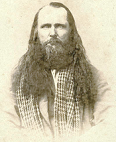




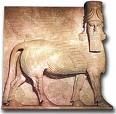







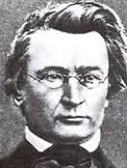

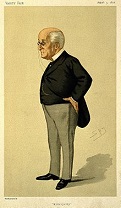

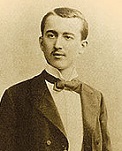



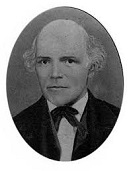








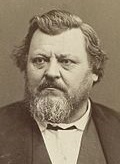



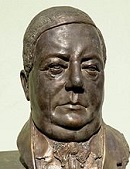
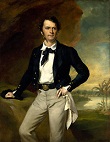



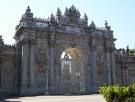

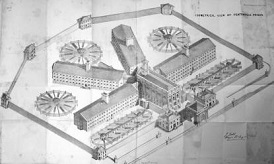

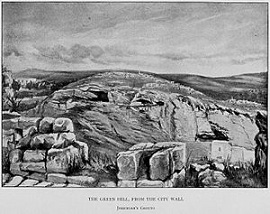
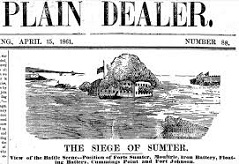

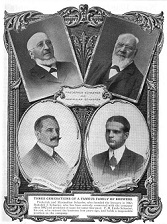

1842 The worst retreat in British history and it's where, the country that has not been conquered since Alexander the Great? On Jan. 6 an uprising causes 4.5K British troops and 12K native auxiliaries under incompetent Scottish-born maj. gen. William George Keith Elphinstone (1782-1842) to decide to retreat from Kabul to Jalalabad 90 mi. away, but they are ambushed on Jan. 8 (Sat.) at the narrow (5-150 yd.) Khoord-Kabul (Khyber) Pass (home of the Afridi tribe) by the Ghilzais border tribe under Mohammad Akbar Khan, after which the remnants are wiped out on Jan. 13 near Gandamak, with one Brit, asst. surgeon William Brydon (1811-73) allowed to escape to tell the other Brits the horror story; the British keep a stiff upper lip and send more forces, force the pass in Sept. and seige Kabul; Shah Shoja is murdered, the British take Kabul, declare victory, and retreat, er, leave on Oct. 11, allowing Dost Mohammed to return to power (until 1863), ending the First Anglo-Afghan War (begun 1839); in May Mohammad Akbar Khan becomes emir of Afghanistan (until 1845) - the Afghans don't teach them Westerners any lasting lessons? On Jan. 13 Ottoman sultan (1839-61) Abdulmeced I deposes Bashir III, and appoints Omar Pasha as gov. of Mt. Lebanon, ending the Chehab (Shihab) Dynasty (founded 1697). On Jan. 21 after Britain and Prussia appoint him the first Protestant bishop in Jerusalem and ordain him on Dec. 7, 1841, Jewish convert Bishop Michael Solomon Alexander (1799-1845) arrives, announcing his intention of bringing Jews to Christ, pissing them off, esp. after baptiizng three Jews on May 21, 1843 in the new Hebrew Christ Church near the Jaffa Gate and next door to the British consulate; more Jews are baptized in 1844; the Roman Catholic Church responds by reestablishing their Latin Patriarchate in Jerusalem; Alexander dies on Nov. 23, 1845. On Jan. 24 the U.S. Supreme (Taney) Court rules unanimously in Swift v. Tyson that federal courts hearing cases brought under their diversity jurisdiction (U.S. Constitution Article 3, Para. 2) pursuant to the U.S. Judiciary Act of 1789 must apply the statutory law of the states when their legislatures had spoken on the issue, but don't have to when they hadn't, allowing the development of a federal common law; too bad, it leads to forum shopping instead; overturned in Erie Railroad Co. v. Tompkins (1938). On Jan. 31 Pres. Tyler's daughter Elizabeth "Lizzie" Tyler (1823-50) marries William Nevison Waller (1820-70) in the East Room of the White House, becoming the 2nd daughter of a pres. to marry in the White House (next 1874); cabinet members and high govt. officials attend, but there's still no public interest. On Feb. 22 (110th anniv. of George Washington's Birth) Springfield, Ill. lawyer Abraham Lincoln (33) gives his Temperance Address to the Springfield Washington Temperance Society at the Second Presbyterian Church, pushing "kind, unassuming persuasian" instead of harsh measures, and ending with the soundbyte: "Happy day, when all appetites controled, all passions subdued, all matters subjected, mind, all conquering mind, shall live and move the monarch of the world. Glorious consummation! Hail fall of Fury! Reign of Reason, all hail!"; speaking of reason, and on Nov. 4 he marries mentally unstable Mary Ann "Mollie" Todd (1818-82) of Ky.; they have 4 sons (Robert, Edward, William, Thomas or Tad) and no daughters; Edward dies in infancy, William during his presidency at age 11, Tad at age 18; Robert Todd Lincoln (1843-1926) grows up and makes good; in 1844 they buy Abe's only home in Springfield, Ind. for $1.2K from Rev. Charles Dresser, who performed the marriage ceremony. On Mar. 1 the U.S. Supreme (Taney) Court rules 6-3 in Prigg v. Pennsylvania that state liberty laws designed to circumvent the U.S. Fugitive Slave Act of 1793 are unconstitutional, the slave owner's right to his property taking precedence over state legislation; at the same time, it holds that the enforcement of the law is entirely a federal responsibility, and that state officers have no obligation to help them round up Uncle Toms or Little Lizas. On Mar. 17 the Wyandot agree to relinquish all claims to lands in Ohio and Mich., and settle in Kansas. In Mar. the Mass. Supreme Court (chief justice Lemuel Shaw) makes a landmark ruling in Commonwealth v. Hunt that the formation of a trade union is not in itself illegal, nor a demand that employers hire only union members, and that workers may strike whenever an employer hires nonunion labor; the opinion frees labor unions from the old doctrine of criminal conspiracy, and is hailed as "Labor's Magna Carta" - let that dog hunt? In Mar. after planning an invasion to retake Tex. in early Jan., then staging another revolt and forcing Anastasio "Bust a Move" "I'm Busted" Bustamante from power again, Gen. Santa Anna becomes pres. of Mexico again, and orders an invasion of his arch-enemy Tejas, er, Texas, but 1.4K troops are routed at the Battle of Salado Creek in Salado Creek, Tex. on Sept. 17 by 220 Tex. milia, with 60 Mexicans KIA and hundreds wounded vs. 1 Texian KIA and 9-12 wounded; Bustamente serves with the Mexican army during the 1846-8 U.S.-Mexican War. On May 2 the Third Chartist Petition is presented to Parliament by Radical MP ("the Radical Dandy") ("the Dandy Demagogue") Thomas Slingsby "Honest Tom" Duncombe (1796-1861) accompanied by 3,315,752 signatures (most from Yorkshire and Lancashire); to bad, it is ignored. On May 5-8 the Great 1842 Fire of Hamburg in Germany destroys one-third of the city and shuts it down for awhile, but it's too busy to let it keep it down for long, and is rebuilt bigger and more modern. On May 6 (eve.) after moving to a house in the City of Zion plot in Independence, Mo. three blocks E of Temple Lot, Mormon archenemy Lilburn Williams Boggs (1796-1860) (gov. #6 of Mo. in 1836-40) is shot through a window as he reads a newspaper in his study, almost killing him; after a revolver is discovered at the scene, Mormon Danite Orrin Porter "Old Port" Rockwell (1813-78), bodyguard and close associate of Joseph Smith Jr. known as "the Destroying Angel of Mormondom" is arrested, then tried and acquitted in 1843 after spending 8 mo. in jail, moving to Nauvoo, Ill., where Smith prophesies that as long as he doesn't cut his hair "no bullet or blade can harm thee" a la Samson. On May 14 (Whit Sat.) the weekly Illustrated London News begins pub. in London, England, becoming the first illustrated newspaper; the debut issue features a fancy dress ball given by Queen Victoria at Buckingham Palace; it is discontinued in 2003; meanwhile London coffeehouse keeper Edward Lloyd (1815-90) launches the copycat Sun. morning Lloyd's Weekly. On May 18 Thomas Wilson Dorr and his followers give up arguing and seize a state armory in Rhode Island, beginning Dorr's Rebellion. On May 24 English-born colonist Richard Philip "Dick" King (1813-71) and his Zulu servant boy Ndongeni are sent by a beleaguered force of 250 British soldiers bottled up in Durban Harbor in South Africa to get help from the British base at Grahamstown 300 mi. to the S; after an arduous trek on horseback he arrives on June 4, and returns 1 mo. later with relief forces, becoming a British hero. On May 29 John Francis attempts to assassinate Queen Victoria in St. James's Park, but misses, and is transported to Australia for life; after a new Treason Act reduces the max. sentence from death to seven years for using a weapon in the monarch's presence, in July John William Bean is caught near the queen with a gun near loaded with tobacco and paper, and is sentenced to 18 mo. In May Joseph Smith Jr. creates the Quorum of the Anointed (Holy Order), giving them their washings and anointings and endowments in the upper floor of his Red Brick Store in Nauvoo, Ill., with membership eventually reaching 60+. In May after Bent's Fort misses a shipment of hides wanted by the East, causing them to see their chance, Pueblo, Colo. on the N bank of the Arkansas River at its confluence with Fountain Creek in S Colo. on the border of the Louisiana Purchase (modern-day pop. 110K) is founded as Ft. Pueblo (El Pueblo) by Bent's Fort trader George Simpson et al., who build a log fort to protect against hostile Utes, attracting Va.-born part-black mountain man James P. "Jim" Beckwourth (1798-1867), white mountain man Christopher Houston "Kit" Carson (1809-68), et al. while reaching 100 pop., encouraging farming and ranching; in winter 1846 a party of several hundred Mormons from Miss. arrive, and are joined by a group of sick members of the Mormon Battalion incl. women and children, who all leave for the Salt Lake Valley next July; too bad, the 1848 Mexican-Am. War and the 1849 Calif. Gold Rush deplete it, and by 1854 only 15-20 live there. On July 23 the capstone of the new Bunker Hill Monument (begun 1825) is laid; it is dedicated next June 17. On Aug. 9 the Webster-Ashburton Treaty between Britain and the U.S. is signed, settling disputes over the Canadian border, taking away from the U.S. a strip claimed by Maine while ceding to them territory N of Vt. and N.Y. claimed by Canada, incl. the iron-rich Mesabi Range (Ojibway "missabe wudjiu" = giant mountain) in NE Minn. On Aug. 13-15 13,745 ft. (4,189m) Fremont Peak in Wyo. is first climbed by Am. explorer John Charles Fremont (1813-90) (son-in-law of Mo. U.S. Sen. Thomas Hart Benton) on the first of four expeditions of the Am. West., guided by Christopher Houston "Kit" Carson (1809-68), going on to pub. A Report on an Exploration of the Country Lying between the Missouri River and the Rocky Mountains on the Line of the Kansas and Great Platte Rivers, which was printed by newspapers across the U.S., making him a celeb, with the nickname "The Pathfinder", describing the 700-mi. Old Spanish Trail from Santa Fe to Los Angeles, parts of which go back to the 16th cent., w hich has been extensively used by pack trains since 1830 (until the mid-1850s); Carson goes on to become the most famous Am. frontiersman after Daniel Boone. On Aug. 14 the Second Seminole War (begun 1835) ends, and the Seminoles agree to go W to Ark. then to Indian Territory in Okla.; a few hundred Seminoles hide in their swamps; Chief Billy Bowlegs (1810-59) is taken to Washington, D.C. to awe the other chiefs - we took care of the conquistadors, and one day day day? On Aug. 18 after suppressing a rebellion and restoring him to the throne, Sultan Omar Ali Saifuddien II of Brunei on NW Borneo gives English adventurer James Brooke (1803-68) the title of rajah and the right to rule Sarawak; in 1846 he presents Labuan Island to the British govt., who appoints him gov. and CIC; the publicity causes naturalist Alfred Russel Wallace to lead an 8-year expedition there in 1854-62. On Aug. 29 the First Anglo-Chinese (Opium) War (begun Nov. 3 1839) is ended by the Treaty of Nanking, confirming the cession of Hong Kong to the British drug lords, and making Canton a treaty port open to foreign trade, freeing the Brits to addict millions of Chinese to opium (until 1908) under Hong Kong gov. #1 (June 26, 1843-May 8, 1844) Sir Henry Eldred Curwen Pottinger (1789-1856) (June 26, 1843 to May 8, 1844) - it's going to be a bright sunshiny day? On Sept. 14 Serbian prince (since July 8, 1839) Michael (Mihailo) Obrenovic III is deposed by a revolt led by Serbian #2 strongman Toma Vucic-Perisic (1787-1859), known for the soundbyte: "I'm not afraid of anyone, I'm just afraid of the Constitution", and Aleksandar (Alexander) Karadordevic (1806-85) becomes prince of Serbia (until Dec. 23, 1858)), going on to found a regular army along with a cannon foundry, improve the school system, and establish a nat. library and museum. On Sept. 15 after Francisco Morazan (b. 1799) organizes an army and invades Costa Rica, proclaiming the Central Am. Confederation restored, he is captured, tried and executed in San Jose - real celebrities become real cops? On Sept. 17 the Dawson Expedition (Massacre) sees 36 Texian militiamen KIA and 15 of 54 captured by 500 Mexican cavalry near San Antonio, Tex. after the Texians raise a white flag but the two Mexican cannons keep firing. In Sept. the Cherokee Slave Revolt sees black slaves unsuccessfully revolt from their Cherokee masters. In Sept. Wetzlar, Prussia, German-born brothers Frederick Schaefer (1817-97) and Maximilian Karl Emil Schaefer (1819-1904) found F&M Schaefer Brewing Co. in Manhattan, N.Y., brewing their first lager beer in 1848 using caves along the East River, and growing to the 6th largest brewery in the U.S. in 1871, and 5th largest in the 1970s, with the slogan "America's first lager, since 1842"; the co. is taken over by Maximilian's son Rudolph Schaefer, followed by Rudolph's son F.M. Emile Schaefer; in 1968 it goes public, opening a new plant in Allentown, Penn. in 1972, reaching 2.5M barrels/year in 1974 and 5M barrels/year in 1975; in 1981 it is acquired by Stroh Brewing Co., which is acquired in 1999 by Pabst Brewing Co. On Oct. 5 after the citizens grow dissatisfied with top-fermented beer, emptying several casks in public, bottom-fermented Pilsner (Pilsen) (Pils) style pale (blonde) lager beer is first produced by the new municipal Pilsner Urquell Brewery in Pilsen, Bohemia, headed by Josef Groll (1813-87), who becomes known as "the Father of the Pils"; pilsner beer goes on to make up two-thirds of modern beer production. On Oct. 15 (Sat.) The Nation, official organ of the Young Ireland Movement begins pub. in Dublin, advocating "defensive physical force" against the govt. when necessary, causing a split with Daniel O'Connell's Repeal Assoc. in 1846; cooperation with Protestant leaders and Young Italy results in opposition by Pope Gregory XVI; it is shut down by the govt. on July 28, 1848, then revived in Sept. 1849 (until 1900). On Oct. 29 a Category 2 (60 mph) hurricane hits SW Spain after passing near Madeira. In Oct. after the Boers in Natal across the Orange River from Cape Colony and sign a truce with the Brits, they proclaim the Orange Free State; too bad, the Brits begin sending their own immigrants in, ignoring Boer land claims. In Nov. Thomas Wilson Dorr's Rebellion in Rhode Island forces the state to abolish the charter of 1663 and adopt a new 1843 R.I. Constitution, effective next May, giving universal suffrage to males incl. blacks (all five of them), and outlawing slavery; Dorr is tried for treason (first since Benedict Arnold) and sentenced to life in solitary confinement and hard labor, but pardoned in 1854. In Nov. after the Dawson Massacre, the Mier Expedition of the Texian militia against Mexican border settlements in disputed territory between the Rio Grande and Nueces Rivers begins (until Feb. 1843), culminating in the 24-hour Battle of Ciudad Mier on Dec. 25, in which 200 Texians surrender after running out of food, water, and ammo despite sustaining only 30 casualties vs. 800 for the Mexicans; too bad, the Mexicans consider them pirates and march them back to Mexico City for execution, during which an escape attempt fails and 176 of 179 are recaptured and returned to Salado in Tamaulipas, after which pres. Antonio Lopez de Santa Anna intervenes, ordering Coahuila gov. Francisco Mexia to execute them, but he balks, and Santa Anna orders the Black Bean Episode on Mar. 25, 1843, in which the POWs are forced to draw from a jar containing 159 white and 17 black beans in El Rancho Salado, and the unlucky 17 esecuted, along with Scottish-born Capt. Ewen Cameron, who led the escape attempt and is executed on Apr. 26, 1843 despite drawing a white bean. N England is rocked by riots and strikes in industrial areas. The Tory cabinet reorganizes the English system of taxation, imposing an Income Tax for three years, the first in time of peace; it also passes a sweeping simplification and reduction of the tariff schedules, lowering the duty on 750 of the 1200 articles taxed, becoming a step towards free trade. A new tariff bill by Congress imposes a 30% ad valorem rate on all imported goods to help America's distressed economy recover. The French led by vice-adm. Abel Aubert Dupetit Thouars (1793-1864) annex the Marquesa Islands and declare Tahiti and the Society Islands a French protectorate. A 2-man consulate led by elitist Carlos Antonio Lopez (1790-1862) is formed in Paraguay, who evolves into a pres. for life (dictator) as neighboring countries refuse to recognize it, and Argentine dictator Juan Manuel de Rosas closes the Parana River to vessels bound for Asuncion, increasing tensions; meanwhile Lopez ends isolationism and begins hiring foreigners to build up his military. On May 5 the Great 1842 Fire of Hamburg in Germany destroys one-third of the city and shuts it down for awhile, but it's too busy to let it keep it down for long, and is rebuilt bigger and more modern. Am. writer Washington Irving becomes U.S. ambassador to Spain. Venezuelan dictator Jose Antonio Paez has the remains of hero Simon Bolivar (d. 1830) repatriated from Santa Marta, Colombia to his hometown of Caracas, where they are entombed in the Caracas Cathedral with a big procession and ceremony. The Generation of 1842 in Chile is founded by the newly rich mining elite, who develop liberal and radical leanings. The Christian Mission to the Jews (CMJ) establishes Christ Church, the first Anglican church in the Old City of Jerusalem. Albert Gallatin et al. found the Am. Ethnological Society in New York City. At the recommendation of Alexander von Humboldt, German (Prussian) archeologist Karl (Carl) Richard Lepsius (1810-84) is commissioned by Friedrich Wilhelm IV of Prussia to lead an expedition to Egypt and Sudan to take up where Champollion left off, reaching Giza in Nov. and discovering 67 pyramids and 130 noble tombs, visiting Naqa next year and reaching as far S as Khartoum before traveling up the Blue Nile to Sennar in Nubia, then reaching Thebes on Nov. 2, 1844, returning to Europe in 1846, after which Lepsius pub. his 12-vol. masterwork "Monuments from Egypt and Ethiopia" (1849), making him the father of modern Egyptology, coining the term "Book of the Dead" (Totenbuch). Marshalsea Prison in Southwark, London for debtors, smugglers, trespassers, etc. (founded 1329), where Charles Dicken's father was sent in 1824 for a debt of 40 pounds and 10 shillings is abolished; "It is gone now, and the world is none the worse without it" (Charles Dickens, preface to "Little Dorrit"). The penal station of Brisbane, Australia is opened to free settlers. Belgium creates compulsory primary schools with Roman Catholic clergy providing religious instruction; meanwhile Paul Devaux (1801-80) calls for an end to the Catholic-dominated Unionist govt. system and the creation of a party system to allow liberals a voice. Floris Adriaan van Hall (1791-1866) replaces Van Maanen as minister of justice in the Netherlands, then becomes finance minister next year, going on to refinance the state debt to avert bankruptcy; too bad, the country has failed to industrialize, and only has 17 km of railroad tracks, causing the Dutch people to become the white trash of W Europe? The first London Metropolitan Police HQ is founded at 4 Whitehall Place, next to a site called Great Scotland Yard Lane, where the medieval kings of Scotland stayed when visiting, causing it to be nicknamed Scotland Yard. The 10-island Chatham Islands 400 mi. E of the mainland become part of New Zealand; they incl. Chatham Island, Pitt Island, and the Forty-Fours, which becomes the country's easternmost point. Britain extends the principles of the factory acts for textile workers et al. to mine workers. Queen Victoria makes her first railroad journey from Windsor to Paddington in London, and visits the London Zoo, where she sees an orangutan named Jenny, and declares it "frightful and painfully and disagreeably human". German Bible scholar Otto Thenius visits Jerusalem, proposing that a rocky knoll next to Jeremiah's Grotto N of the Damascus Gate was the Biblical Golgotha ("place of the skull") where Jesus Christ was crucified along with the rock-cut Garden Tomb, which makes fans of several Protestant scholars incl. English scholar Canon Henry Baker Tristram, and Fisher Howe, co-founder of Union Theological Seminary in N.Y. , who claims independent discovery; in 1872 British Royal Engineers Lt. Claude Reignier Conder (1848-1910) is sent by the Palestine Exploration Fund to conduct a mapping survey of Western Palestine, backing up Thenius' theory and making more fans, esp. British Maj.-Gen. Charles George "Chinese" Gordon (1833-85), who visits Jerusalem in 1883 and gains mucho publicity for the idea, causing it to become known as Gordon's Calvary. It's all about freedom of expression? German Young Hegelian Friedrich Engels (1820-95) meets former Young Hegelian, German Jewish know-it-all Karl Marx (1818-83) at the offices of the Rheinische Zeitung in Manchester, England, but they are not impressed with each other; Engels hooks up in Manchester with Irish working class radical Mary Burns (1821-63), shacking up with her without doing that old-fashioned marriage thang, making enough money to support Marx, who next June 19 marries childhood friend, Prussian aristocrat Baroness Johanna Bertha Julie Jenny Freiin von Westphalen (1814-81) (after Marx dedicated his doctoral thesis to her liberal father Ludwig von Westphalen); they go on to have seven children, only three of whom survive to adulthood, Jenny, Laura, and Eleanor. Joseph Smith Jr. sends a letter to "Long" John Wentworth (1815-88) (Repub. mayor #19 of Chicago in 1857-8), ed. of the Chicago Democrat, containing the Latter Day Saints Articles of Faith (Epitome of Faith and Doctrine), consisting of 13 fundamental doctrines. The Relief Society (RS) educational women's org. is founded in Nauvoo, Ill. by the LDS Church, reaching 7.1M members in 188 countries by 2017; pres. #1 is Joseph Smith Jr.'s 1st wife Emma Hale Smith Bidamon (1804-79). The Nauvoo Brass Band (originally Joseph's City Band, Pitt's Brass Band) is formed in Nauvoo, Ill. by Dymock, England-born bandleader William Hill Pitt (1813-73) to accompany the Mormon Nauvoo Legion and perform at special events; after raising money at ticketed events in Iowa in 1846 during their emigration to Utah, they scatter until they are reorganized in 1850, performing at the 1853 Salt Lake Temple site dedication ceremony and the cornerstone laying ceremony; in 2003 they are recreated by the LDS Ill. Nauvoo Mission. The New York Philharmonic Society (first in the U.S.) is founded on Apr. 2 by violinist-conductor Ureli Corelli Hill (1802-75) (the first pres.) et al.; their inaugural concert on Dec. 7 is Beethoven's Fifth Symphony. The Wadsworth Atheneum Museum of Art in Hartford, Conn. is founded by Daniel Wadsworth (1771-1848). Benjamin Lumley (1811-75), son of a Jewish merchant takes over Her Majesty's Theatre in London, traditional home of Italian opera, going on to develop a working relationship with Giuseppe Verdi. Giacomo Meyerbeer becomes musical dir. of the Royal Opera House in Berlin. Villanova U. in Radnor Township (near Philadelphia), Penn. is founded by the Augustinian monastic order, named after St. Thomas of Villanova (1488-1555), becoming the oldest and largest Roman Catholic U. in Penn. Nathaniel Hawthorne bugs out of Brook Farm, marries transcendentalist abolitionist Sophia Amelia Peabody (1809-71), moves to Concord, Mass., and joins the thriving lit. scene. Finnish nationalist Johan Vilhelm Snellman (1806-81) returns to Finland from exile and founds the Finnish newspaper Farmer's Friend and the Swedish newspaper Saima in 1844, the latter closed by the govt. in 1846; the struggle of the Finns to divorce themselves from the Swedish label and their Russian masters continues. Unknown Russian writer Ivan Turgenev (1818-83) fathers daughter Pelageya by his mother's seamstress; she is later renamed Paulinette and brought up by French soprano Pauline Garcia-Viardot (1821-1910), daughter of Spanish opera singer Manuel Garcia, and younger sister of soprano Maria Malibran, whom he falls in love with after hearing her in "The Barber of Seville" in Russia next year, causing him to stalk, er, follow and move in with her and her four kids in 1845. Due to the work of Philip Henry Stanhope, 5th Earl Stanhope (1805-75), the Literary Copyright Act of 1842 is passed in Britain, giving authors protection for 42 years, or their lifetime plus seven years; meanwhile English lit. giant Charles Dickens (1812-70) goes on a 5-mo. Reading Tour of the U.S., lecturing on the need for internat. copyright (calling Yankees pirates, which they have long been, starting with Benjamin Franklin), and against slavery, and is grossed-out by the "universal disregard of the spitoon with which every honourable member is accomodated" as he wades through the disgusting carpet of the U.S. Senate; he pigs out in New York City's famed oyster bars, which have red balloons outside their front doors, giving rise to the term "red light district". 20-y.-o. Mathew B. Brady (1822-96) culminates three years of dabbling with the daguerrotype process by opening a portrait studio in oh-what-a-life New York City. Abraham Lincoln is challenged by Irish-born Ill. state auditor James Shields (1810-79) to a duel for slander, and Lincoln chooses broadswords, stipulating that they must each stand on opposite sides of a log so Lincoln can make use of his height advantage; they then make up and call it off, and become friends; Shields goes on to become a U.S. Civil War Union brig. gen. and serve as senator in a record three different states. Mudie's Circulating Library in England opens (until 1894), founded by Charles Edward Mudie (1818-90), helping promote Victorian novels by charging 1 guinea per year for the right to borrow one vol. at a time, causing the 3-vol. novel to become successful; he refused to stock "immoral" novels, helping keep Victorian England prudish; the rise of govt.-funded public libraries eventually takes away his business. The (Cleveland) Plain Dealer newspaper is founded in Cleveland, Ohio. Sir Isaac Pitman (1813-97) (knighted in 1894) founds the weekly Phonographic Journal, later called the "Phonetic Journal", and later founds a pub. firm putting out pamphlets calling for radical English spelling reform. George Pope Morris (1802-64) becomes ed. of the New York Evening Mirror (until 1846), which pub. stories by Edgar Allan Poe (1809-49), William Cullen Bryant (1794-1878) et al. George Washington Harris (1814-69) begins pub. his humorous Twain-like tales in the New York City newspaper Spirit of the Times. The U. of Chile in Santiago is founded on Nov. 19, with Caracas-born brain man Andres Bello (1781-1865) as first rector (until 1865). The Citadel military school is founded in Charleston, S.C. - time to garrison against Garrison? Roanoke College in Augusta County, Va. (later Salem, Va.) is founded by the Lutherans. Roman Catholic Villanova U. (originally Augustinian College of Villanova) is founded in Radnor Township NW of Philadelphia, Penn. by the Order of St. Augustine; in 1918 it admits nuns to evening parochial school education classes; in 1958 it admits women to its college of engineering; in 1968 it goes fully coed; sports teams are called the Wildcats. Stephen H. Whitman founds Whitman's Candies in Philly, going on to create the Whitman's Sampler in 1912. Architecture: On July 24 La Madeleine Church in Paris is consecrated, designed by French neoclassical architect Jacques-Marie Huve (1783-1852). The domed spired Dolma Bahce (Dolmabahce) Palace (Sarayi) of the sultans in Constantinople on the Bosphorus shore is begun (finished 1853), becoming the main admin. center of the Ottoman Empire in 1856-87 and 1909-22. Due to overcrowding, disease, and high costs at Millbank Prison, Pentonville Prison in Barnsbury, London, England opens to take over Millbank Prison's role as the British Nat. Penitentiary, with Millbank used only for holding prisoners for 3 mo. before being transported, reaching 4K/year by 1850-3, then tapering off until it closes in 1890; in 1902 Pentonville takes over responsibility for executions. A new railroad connects Boston, Mass. and Albany, N.Y. Steel cables are imported from England to build Maine's Fool (Wire) Bridge in Portland, Maine, which sways weirdly when crossed. Inventions: In June Scottish engineer James Nasmyth (1808-90) (son of painter Alexander Nasmyth) patents the Steam Hammer to help forge the paddle shaft of the HMS Great Britain. The first commercial artificial fertilizers are introduced in England. Robert Wilhelm Eberhard von Bunsen (1811-99) of Germany invents the carbon electrode battery, far less expensive than William Robert Grove's platinum electrode battery. This year and next Augusta Ada King, Countess of Lovelace (1815-52), daughter of Lord Byron (1788-1824) tr. a memoir by Italian mathematician Federico Luigi, Count of Menabrea (1809-96) on the Analytical Engine of Charles Babbage, publishing the first known computer program, which calculates Bernoulli numbers; really written by Babbage? Samuel F.B. Morse invents an underwater (submarine) telegraph cable. Scottish maltster (in England) Patrick Stead (1788-1869) patents a revolutinary malting system using steam and hot air to control germination and kilning, becoming the prototype of modern-day mechanical malting; too bad, acceptance is slow. Science: On Mar. 30 Ga.-born U. of Penn. Medical School grad. (1839) Crawford Williamson Long (1815-78) pioneers surgical ether anesthesia during a minor operation to remove a neck tumor from James M. Venable, followed by eight more operations over the next four years, but fails to announce his results until 1849, allowing William T. Morton to grab the glory, after which he has U.S. Sen. William Crosby Dawson present his claims to Congress in 1854; his statue ends up in the crypt of the U.S. Capitol as one of two to represent the state of soporific Magnolia-blossom Jawjaw. French mathematician Joseph Alphonse Adhemar (Adhémar) (1797-1862) pub. Revolutions of the Sea, proposing the astronomical theory of Ice Age causation, which evolves into the theory of Milkanovich Cycles in the 1920s by Serbian mathematician Milutin Milankovic (1879-1958). After being appointed French consul in Mosul in 1841, Turin, Italy-born French archeologist Paul-Emile (Paul-Émile) (Paolo Emiliano) Botta (1802-70) discovers the ruins of the Assyrian capital of Dur-Sharrukin (modern-day Khorsabad) 9 mi. NE of Mosul, Iraq, built ca. 700 B.C.E., returning to France in 1845 with many artifacts from it, making him a star; the entrance to Sargon II's palace throne room features a pair of reliefs of a 16-ft.-high Winged Bull that combines features of a man (head), eagle (wings) and lion (tail); it ends up in the Oriental Inst. of the U. of Chicago. English physician John Hughes Bennett (1812-75) becomes the first to describe apergillosis; in 1845 he becomes the f irst to pub. a description of leukemia as a blood disorder. Austrian physicist Christian Andreas Doppler (1803-53) pub. the first explanation of the Doppler Effect (Shift). Jamaican-born British physician James Manby Gully (1808-83) opens a "water cure" (hydrotherapy) clinic in Great Malvern, becoming a celeb, with patients incl. Thomas Carlyle, Charles Darwin, Charles Dickens, Florence Nightingale, Alfred Lord Tennyson, and Samuel Wilberforce; the treatment incl. wearing a "Neptune Girdle" (wet sheet) around their waists, and abstinence from alcohol. English physicist Joseph Henry (1797-1878) discovers the oscillatory character of electrical discharges. U.S. naval officer Matthew Fontaine Maury (1806-73) becomes supt. of the U.S. Depot of Charts and Instruments of the U.S. Naval Observatory in Washington, D.C., spending the next 19 years doing researches into oceanography, compiling ocean wind and current charts from old ship logs. German physician Julius Robert von Mayer (1814-78) announces an improved value for the mechanical equivalent of heat, calculated by an apparatus pulled by a horse that stirs paper pulp in a cauldron, and proposes the law of conservation of energy, which holds even for living systems, and also states that the Sun is the ultimate source of energy on Earth; not being a recognized scientist (member of a prof. assoc. of stuffed shirts), he is ignored; he says that a weight falling 365m will lose enough potential energy to warm an equal weight of water by 1 deg C, corresponding to a mechanical equivalent of heat of 3.56 Joules per calorie, not far from the real figure of 4.184. The rare earth element Yttrium (Y) (#39) (obtained from monazite sand, known for use in red phosphors for color TVs and garnet crystals) is discovered by Swedish chemist Carl Gustaf (Gustav) Mosander (1797-1858), who also discovers the rare metallic element didymium in cerite, but later finds that it's just a mixture of the elements neodymium and praseodymium. German naturalist August Christoph Carl Vogt (1817-95) discovers the mechanism of apoptosis (programmed cell death) while studying the development of the midwife toad. Nonfiction: Thomas Arnold (1795-1842), Sermons: Christian Life, Its Hopes, Fears and Close; a favorite of Queen Victoria; Introductory Lectures on Modern History; History of Rome (3 vols.) (1838-42) (unfinished). John Cook Bennett (1804-67), The History of the Saints: Or, An Expose of Joe Smith and Mormonism; accuses Joseph Smith Jr. and his followers of treason, conspiracy to commit murder, prostitution, adultery et al.; "I have been induced to prepare and publish the following work by a desire to expose the enormous iniquities which have perpetrated by one of the grosses and most infamous impostors that ever appeared upon the face of the earth, and by many of his minions, under the name and garb of Religion, and professedly by the direct will and command of Almighty God." Friedrich Wilhelm Bessel (1784-1846), Astronomische Untersuchungen (Astronomical Investigations). George Henry Borrow (1803-81), The Bible in Spain (3 vols.); details his efforts to place 14K copies of the Bible in priest-ridden Spain. Thomas Campbell (1777-1844), Life of Mrs. Siddons. Edwin Chadwick, The Sanitary Conditions of the Labouring Population; raises awareness of the need for public health laws in England. Capt. R.T. Claridge (1797-1857), Hydropathy; or The Cold Water Cure, as practiced by Vincent Priessnitz">. Victor Cousin (1792-1867), Lecons de Philosophie sur Kant; tries to combine Kantian idealism with the philosophy of common sense and the doctrines of Descartes. Charles Darwin (1809-82), The Structure and Distribution of Coral Reefs. Charles Dickens (1812-70), American Notes; describes a visit to Almack's Dance Hall in Manhattan's Five Points, where he sees black tap dancer Master Juba (1825-53). Christian Johann Doppler (1803-53), On the Colored Light of the Binary Stars; first description of the Doppler Effect. Ugo Foscolo (1778-1827), Sul Testo della Commedia di Dante (posth.). Oliver Wendell Holmes Sr. (1809-84), The Contagiousness of Puerperal Fever; presented to the Boston Society for Medical Improvement, becoming a landmark in medicine, introducing aseptic techniques in obstetrics (later surgery); in the 20th cent. Dean Cornwell paints Oliver Wendell Holmes Reading The Contagiousness of Puerperal Fever Before the Boston Society for Medical Improvement in 1843. Soren Kierkegaard (1813-55), Either-Or (Euten-Eller); critique of Hegel; his masterpiece? Karl Richard Lepsius (1810-84), Das Todtenbuch der Ägypter nach dem hieroglyphischen Papyrus in Turin mit einem Vorworte zum ersten Male Herausgegeben (The Egyptian Book of the Dead Based on the Hieroglyphic Papyrus in Rurin with a Preface for the First Time). Justus von Liebig (1803-73), Die Thierchemie; reduces all physical and mental actions of animals to chemical reactions? Rudolf Hermann Lotze (1817-81), Allgemeine Pathologie und Therapie als Mechanische Naturwissenschaften - lotze sesquipedalian words? Thomas Babington Macaulay (1800-59), Laws of Ancient Rome. Julius Robert von Mayer (1814-78), On the Forces of Inanimate Nature. Robert Moffatt (1795-1883), Missionary Labours and Scenes in South Africa; Scottish missionary turns a "horde of bloodthirsty savages" into civilized people; by David Livingstone's father-in-law, who later talks him into his work. Augustus De Morgan (1806-71), The Differential and Integral Calculus. Theodore Parker (1810-60), A Discourse on Matters Pertaining to Religion; his Rationalist views on the Bible cause other Unitarian ministers to skunk him, only making him stronger, and causing him to form his own church in Boston and turn into a leading abolitionist. Rene Francois Rohrbacher (1789-1856), Histoire Universelle de l'Eglise Catholique (1842-9); opposes Gallicanism and uses the Bible to predict the fall of the Turkish Empire in 1882. William Smith (1813-93) (ed.), Dictionary of Greek and Roman Antiquities; 2nd ed. in 1848. Frances Trollope (1780-1863), A Visit to Italy (2 vols.) Martin Tupper (1810-89), Proverbial Philosophy, 2nd Series. Heinrich Daniel Zschokke (1771-1848), Eine Selbstschau (autobio.). Music: Mikhail Glinka (1804-57), Ruslan and Lyudmila (opera) (Bolshoi Theatre, St. Petersburg) (Nov. 27); based on an 1820 Alexander Pushkin poem; too bad, it flops, after which his career tanks and he travels abroad until he croaks in Berlin; incl. Ruslan and Lyudmila Overture. Albert Lortzing (1801-51), The Poacher (Der Wildschutz) (Leipzig). Felix Mendelssohn (1809-47), Scotch Symphony. Giuseppe Verdi (1813-1901), Nabucco (Nebuchadnezzar) (opera) (Mar. 9) (La Scala, Milan); libretto by Temistocle Solera; based on the play by Anicet-Bourgeois and Francis Cornu; makes him a star; incl. Va, Pensiero, Sull'ali Dorate (Fly, Thought, on Golden Wings) (Chorus of the Hebrew Slaves); the only chorus allowed by the Metropolitan Opera; the soprano role of Abigaille has so much high tessitura that it ruins singers' voices, causing Leontyne Price and Joan Sutherland to refuse to sign it, although Ghena Dimitrova (1941-2005) excels at it. Richard Wagner (1813-83), Rienzi, der Letze der Tribunen (Rienzi, the Last of the Tribunes) (Dresden). Art: John Gadsby Chapman, The Lake of the Dismal Swamp. Paul Gavarni, La Flaneur. Horatio Greenough (1805-52),Statue of George Washington; Boston-born Neoclassical sculptor Horatio Greenough (1805-52) (who went to Florence, Italy in 1833 to sculpt figures for author James Fenimore Cooper and received a U.S. govt. commission to sculpt Washington) brings his godlike but partially-draped sculpture to Washington, D.C., unveiling it next year and shocking Victorian sensibilities; it ends up in the Smithsonian; really an Illumani depiction of Baphomet? Charles Deas (1818-67), Lion; a dog spots one. Jean Louis Ernest Meissonier (1815-91), A Game of Chess. Abraham Solomon (1823-62), The Acolyte. J.M.W. Turner (1775-1851), Snowtorms: Steamboat Off a Harbor's Mouth. Plays: Robert Browning (1812-89), King Victor and King Charles (Bells and Pomegranates No. 2). Alexandre Dumas pere (1802-70), Lorenzino. Maurus Jokai, The Jew Boy. Johann Nestroy (1801-62), He Wants to Have a Lark (He'll Go on a Spree) (Einen Jux Will er Sich Machen) (farce); used by Thornton Wilder as a basis for "The Matchmaker" (1956). Eugene Scribe (1791-1861), Le Verre d'Eau (The Glass of Water) (comedy) (Theatre Francais, Paris); Une Chaine (comedy) (Theatre Francais, Paris). Poetry: Steen Steensen Blicher (1782-1848), The Knitting Room. Robert Browning (1812-89), Dramatic Lyrics (Bells and Pomegranates No. 3); incl. My Lost Duchess, Porphyria's Lover, The Pied Piper of Hamelin, Johannes Agricola in Meditation. Ramon de Campoamor y Compoosorio (1817-1901), Fabulas Morales y Politicas. Leigh Hunt (1784-1859), The Palfrey. Nikolaus Lenau (1802-50), Die Albigenser (epic poem). Henry Wadsworth Longfellow (1807-82), Poems on Slavery; his first public support of abolition, "so mild that even a Slaveholder might read them without losing his appetite for breakfast." Moritz von Strachwitz (1822-47), Lieder Eines Erwachenden (Songs of an Awakening) (debut). Alfred, Lord Tennyson (1809-92), Poems (2 vols.); incl. Locksley Hall, Tithonus, Ulysses (written in 1833) ("To strive, to seek, to find, and not to yield"), The Two Voices, Vision of Sin, Lady Clara Vere de Vere ("Kind hearts are more than coronets, and simple faith than Norman blood."). Novels Honore Balzac (1799-1850), La Comedie Humaine (La Comédie Humaine) (The Human Comedy); his magnum opus; a sequence of almost 100 novels and plays presenting a panorama of French life after Napoleon's fall in 1815. Michael Banim (1796-1874), Father Connell; an Irish country priest. Jules Amedee Barbey d'Aurevilly (1808-89), La Bague d'Annibal. Edward George Bulwer-Lytton (1803-73), Zanoni. Annette von Droste-Hulshoff (1797-1848), Die Judenbuche (The Jew's Beech); Gothic murder mystery. Nikolai Gogol (1809-52), The Overcoat (short story); about a poor Russian official who scrapes and saves to buy a new overcoat, only to have it stolen, becoming the #1 Russian short story of all time?; Dead Souls (Chichikov's Journey), Pt. 1; a picaresque novel based on Miguel Cervantes' "Don Quixote"; collegiate councilor Pavel Ivanovich Chichikov buys the titles to dead serfs from their owners to raise loans with them as security; creates a new generation of Russian writers; intended as part 1 of a trilogy; too bad, 10 days before his death he destroys the ms. for Pt. 2 in a fit of hypochondriac melancholy? Wilhelm Haring (1797-1871), Der Falsche Woldemar. Theodore Edward Hook (1788-1841), Peregrine Bunce. Samuel Lover (1797-1868), Handy Andy, an Irish Tale; how all Irish peasants are good-natured comic figures. Alfred de Musset (1810-57), Story of a White Blackbird (Histoire d'un Merle Blanc) (last novel). Edgar Allan Poe (1809-49), The Masque of the Red Death: A Fantasy (short story); Prince Prospero hides from the plague in his abbey, then holds a masquerade ball in seven rooms each decorated in a different color, which is barged in on by a mysterious figure in an empty costume who walks through each room, causing everybody to die. The Pit and the Pendulum; a prisoner of the Spanish Inquisition recounts his tortures; "Down - still unceasingly still inevitably down!... I shrunk convulsively at its every sweep." Everardus Johannes Potgieter (1808-75), Jan, Jannetje, en hun Jongste Kind; three generations of a Dutch family. George Sand (1804-76), Consuelo (1842-3); her masterpiece?; her novels begin to dazzle?; modeled after her friend Pauline Viardot, wife of Louis Viardot. Joseph Marie Eugene Sue (1804-57), The Mysteries of Paris (10 vols.) (1842-3); part of it ends up in "The Protocols of the Learned Elders of Zion"? Births: Am. pragmatist psychologist-philosopher William James (d. 1910) on Jan. 11 in New York City; son of Henry James Sr. (1811-82); brother of Henry James (1843-1916); educated at Harvard U. Austrian Talking Cure (Anna O.) physician-psychologist (pioneer in psychoanalysis) Josef Breuer (d. 1925) on Jan. 15 in Vienna; educated at the U. of Vienna; collaborator of Sigmund Freud (1856-1939). Am. psychologist-philosopher George Trumbull Ladd (d. 1921) on Jan. 19 in Painesville, Ohio; descendant of William Brewster (1567-1644) and William Bradford (1590-1657); Am. cannibal celeb (epileptic) Alfred Griner "Alferd" Packer (d. 1907) on Jan. 21 in Allegheny County, Penn. Am. poet-writer-musician Sidney Clopton Lanier (d. 1881) on Feb. 3 in Macon, Ga. Danish #1 lit. critic Georg Morris Cohen Brandes (d. 1927) on Feb. 4 in Copenhagen; educated at the U. of Copenhagen. French PM (1892-3, 1895, 1914, 1917) Alexandre Felix Joseph Ribot (d. 1923) on Feb. 7 in Saint-Omer. German economist Georg Friedrich Knapp (d. 1926) on Feb. 20 in Geissen. German philosopher Karl Robert Eduard von Hartmann (d. 1906) on Feb. 23 in Berlin. German "Old Shatterhand", "Winnetou" novelist Karl Friedrich May (d. 1912) on Feb. 25 in Ernstthal, Saxony. Greek "Eros and the Painter" painter Nikolaos Gyzis (d. 1901) on Mar. 1 in Tinos Island. Spanish diplomat-writer Enrique Lucio Eugenio Gaspar y Rimbau (d. 1902) on Mar. 2 in Madrid. Scottish philosopher (ed. of Mind) George Croom Robertson (d. 1892) on Mar. 10 in Aberdeen; educated at the U. of Aberdeen. French "Afternoon of a Faun" Symbolist poet Stephane (Etienne) Mallarme (Stéphane Mallarmé) (Étienne Mallarmé) (d. 1898) on Mar. 18 in Paris. Am. landscape painter-etcher Charles Henry Miller (d. 1922) on Mar. 20 in Long Island, N.Y.; known for landscapes of Long Island. Am. "Through Nature to God" philosopher-historian John Fiske (nee Edmune Fiske Green) (d. 1901) on Mar. 30 in Hartford, Conn.; educated at Harvard U. Am. celeb Elizabeth Bacon "Libbie" Custer (nee Bacon) (d. 1933) on Apr. 8 in Monroe, Mich.; wife (1864-76) of Gen. George Armstrong Custer (1839-76). French "La Mascotte" operetta composer Edmond Audran (d. 1901) on Apr. 11 in Lyon. Am. Presbyterian minister and Tammany Hall reformer Charles Henry Parkhurst (d. 1933) on Apr. 17 in Framingham, Mass.; educated at Amherst College. French statesman Maurice Rouvier (d. 1911) on Apr. 17 in Aix-en-Provence. Austrian Viennese "Der Bettelstudent" operetta composer-conductor Karl (Carl) Joseph Millocker (Millöcker) (d. 1899) on Apr. 29 in Vienna. Danish microbiologist (Mycologist) Emil Christian Hansen (d. 1909) on May 8 in Ribe; finances his education by writing novels. French "Thais", "Manon" composer Jules Emile Frederic (Émile Frédéric) Massenet (d. 1912) on May 12 in Montaud. English "The Mikado", "HMS Pinafore", "The Pirates of Penzance" organist-composer-conductor (Freemason) Sir Arthur Seymour Sullivan (d. 1900) on May 13 in Lambeth, London; educated at the Royal Academy of Music (first to be awarded the Mendelssohn Scholarship); composer of light operas to librettos by Sir William Schwenck Gilbert (1836-1911); knighted in 1883. Am. brewer Jacob Mathias Leinenkugel (d. 1899) on May 22 in Prussia; emigrates to the U.S. in 1845; father of Mathias Jacob "Matt" Leinenkugel (1866-1926). Canadian-Am. "Working Principles of Political Economy" historian Silas Marcus MacVane (Macvane) (d. 1914) on June 4 in Rothwell, Prince Edward Island; educated at Acadia U., and Harvard U. Am. actor-playwright-mgr.-inventor James Morrison Steele MacKaye (d. 1894) on June 6 in Buffalo, N.Y. German engineer (inventor of the refrigerator) Carl Paul Gottfried von Linde (d. 1934) on June 11 in Berndorf; educated at the Swiss Federal Inst. of Technology; student of Rudolf Clausius; teacher of Rudolf Diesel; knighted in 1897. Am. Lincoln assassination conspirator David Edgar Herold (d. 1865) on June 16 in Md. Am. humorist (satirist) (asthmatic) ("Bitter Bierce") Ambrose Gwinnett Bierce (d. 1913/4) on June 24 in Meigs County, Ohio. German Neo-Kantian philosopher (Jewish) (anti-zionist) Hermann Cohen (d. 1918) on July 4 in Coswig, Anhalt; teacher of Ernst Cassirer (1874-1945). Am. soprano Clara Louise Kellogg (d. 1916) on July 9 in Sumterville, S.C. English "Principles of Economics" economist Alfred Marshall (d. 1924) on July 26 in Bermondsey, London; educated at St. John's College, Cambridge U.; coiner of the term "economics" to replace political economy. Am. world's oldest living person #1 (in the Guinness Book of Records) Betsy Baker (d. 1955) on Aug. 20 in England. Am. Schlitz brewing magnate Geprge Carl August Uihlen (d. 1911) on Aug. 25 in Wertheim am Main, Baden, Germany; nephew of August Krug (1815-56); emigrates to the U.S. in 1850. German surgeon (inventor of the lumbar puncture) Heinrich Irenaeus Quincke (d. 1922) on Aug. 26 in Frankfurt an der Oder; brother of Georg Hermann Quincke (1834-1924). Am. Dem. politician ("the Lame Lion of Lynchburg") John Warwick Daniel (d. 1910) on Sept. 5 in Lynchburg, Va. German-British chess master (Jewish) Johannes Hermann Zukertort (d. 1888) on Sept. 7 in Lublin, Poland; Christian Protestant missionary father, aristocratic mother; educated at the U. of Breslau. Am. ornithologist (theosophist) Elliott Coues (d. 1899) on Sept. 9 in Portsmouth, N.H.; educated at George Washington U.; standardizes the trinomial nomenclature system of zoology. Scottish Dewar flask chemist-physicist Sir James Dewar (d. 1923) on Sept. 20 in Kincardine-on-Forth; educated at the U. of Edinburgh; knighted in 1904. Turkish Ottoman sultan #34 (1876-1909) (Sunni Muslim) ("the Damned") ("the Great Assassin") ("the Red Sultan") Abdul Hamid (Abdulhamid) II (d. 1918) on Sept. 21/22 in Istanbul; son of Abdulmecid I (1823-61) and Valide Sultan Tirimujgan (1819-52). French "The Kippered Herring" poet-inventor Charles Cros (d. 1888) on Oct. 1 in Fabrezan, Aude. Am. lt. gov. #2 of Okla. (1911-15) James Jackson "J.J." McAlester (d. 1920) on Oct. 1 in Sebastian County, Ark.; grows up in Ft. Smith, Ark. Am. accountant (U.S. Civil War hero) Charles Ezra Sprague (d. 1912) on Oct. 9 in Nassau, N.Y.; maternal grandfather of L. Sprague de Camp (1907-2000). Italian Liberal PM (1892-3, 1903-5, 1906-9, 1911-14, 1920-1) Giovanni Giolitti (d. 1928) on Oct. 27 in Mondovi, Cuneo Province, Piedmont; educated at Turin U. British Gen. Sir Bindon Blood (d. 1940) on Nov. 7 near Jedburgh, Scotland; descendant of Col. Thomas Blood (1618-80). Japanese field marshal (1898-) Prince Iwao Oyama (d. 1916) on Nov. 12 in Satsuma; created prince in 1907. English physicist John William Strutt, 3rd Baron Rayleigh (d. 1919) on Nov. 12 in Maldon, Essex; son of John James Strutt, 2nd baron Rayleigh (1796-1873); father of Robert John Strutt, 4th baron Rayleigh (1875-1947); educated at Harrow School, and Trinity College, Cambridge U. Am. Tammany Hill politician George Washington Plunkitt (d. 1924) on Nov. 17 in New York City. Cuban French Parnassian poet Jose Maria de Heredia y Girard (d. 1905) on Nov. 22 in Santiago de Cuba; Spanish-French parents; disciple of poet Leconte de Lisle; known for his French sonnets. French poet Jose-Maria (José-Maria) de Heredia (d. 1905) on Nov. 22 in Fortuna Cafeyere (near Santiago de Cuba), Cuba; father of Marie de Regnier (1875-1963). English artist Sir William Blake Richmond (d. 1921) on Nov. 29 in London; son of George Richmond (1809-96); grandson of Thomas Richmond (1771-1837); father of Adm. Sir Herbert Richmond (1871-1946) and Ernest Richmond (1874-1955). Am. flour magnate Charles Alfred Pillsbury (d. 1899) on Dec. 3 in Warner, N.H.; of English descent; nephew of John Sargent Pillsbury (1827-1901). Am. chemist-feminist (founder of the science of home economics) Ellen Henrietta "Nellie" Swallow Richards (d. 1911) on Dec. 3 in Dunstable, Mass.; educated at MIT (first woman to be admitted, first woman to be admitted to a U.S. school of science and technology), and Vassar College (first U.S. woman to obtain a degree in chemistry). English Darwin-converting Christian evangelist Elizabeth Reid, Lady Hope (nee Cotton) (d. 1922) on Dec. 9 in Tasmania; daughter of British gen. Sir Arthur Thomas Cotton (1803-99). Norwegian mathematician Marius Sophus Lie (d. 1899) on Dec. 17 in Nordfjordeid; educated at the U. of Christiania. Am. Bloomingdale's co-founder (Jewish) Joseph Bernard Bloomingdale (d. 1904) on Dec. 22; Bavarian German Jewish immigrant father Benjamin Bloomingdale; brother of Lyman Gustave Bloomingdale (1841-1905). Canadian-Am. "O Canada" musician Calixa (Calixte Pacquet dit) Lavallee (Lavallée) (d. 1891) on Dec. 28 in Vercheres (near Montreal), British Canada. Italian portraitist ("the Master of Swish") Giovanni Boldini (d. 1931) on Dec. 31 in Ferrara; educated at the Academy of Florence; friend of Edgar Degas; known for his portraits of Giuseppe Verdi, Lina Cavalieri et al. English "The Daring Young Man on the Flying Trapeze" performer-lyricist George Leybourne (Joe Sanders) (d. 1884) (AKA Champagne Charlies) in Newcastle. Russian painter Vasili Vereshchagin (d. 1901). French philosopher Albert Sorel (d. 1906). French poet-writer Francois Coppee (d. 1908). Am. "Saratoga" dramatist ("Dean of the American Drama") Bronson Crocker Howard (d. 1908) in Detroit, Mich.; first U.S. playwright to earn a living and achieve serious recognition; father is mayor of Detroit; leaves Yale U. because of eye problems. African Barotseland king (1878-1916) (black) Lewanika I (d. 1916). Italian composer-librettist Arrigo Boito (d. 1918). Swedish anatomist Gustaf Retzius (d. 1919). English painter Sir William B. Richmond (d. 1920). English Socialist reformer Henry Mayers Hyndman (d. 1921) in London; educated at Cambridge U. Russian geographer and anarchist writer Prince Peter (Pëtr) Alekseyevich (Alekseevich) Kropotkin (d. 1921) in Moscow. French historian Ernest Lavisse (d. 1922). French astronomer (Nicolas) Camille Flammarion (d. 1925) in Montigny-le-Roi, Haute-Marne; founder of the French Astronomical Society (1887). German industrialist August Thyssen (d. 1926). English chemist Sir William Tilden (d. 1926). Am. Christian Science leader Augusta Stetson (d. 1928). Am. abolitionist-feminist speaker Anna Elizabeth Dickinson (d. 1932) in Philadelphia, Penn. Am. scholar George Herbert Palmer (d. 1933) in Boston, Mass.; husband (1887-) of Alice Freeman. Am. longevity queen Charity Davis (d. 1961). Deaths: Scottish naturalist Archibald Menzies (b. 1754) on Feb. 15. French portrait painter Elisabeth Vigee-Lebrun (b. 1755) on Mar. 30 in Paris; leaves 660 portraits and 200 landscapes. Am. statesman Robert Smith (b. 1757). Italian composer Luigi Cherubini (b. 1760) on Mar. 15 in Paris; buried next to Chopin in the Pere Lachaise Cemetery. German historian Arnold Heeren (b. 1760) on Mar. 6. British gov.-gen. of India (1798-1805) Richard Wellesley (b. 1760) on Sept. 26 in Knightsbridge, London. German Wolfgang Amadeus Mozart's wife Constanze Mozart (b. 1762) on Mar. 6 in Salzburg, Austria. Corsican-born Russian diplomat Count Carlo Andrea Pozzo di Borgo (b. 1764) on Feb. 15 in Paris. French Napoleon's St. Helena companion Count Emmanuel Augustin de Las Cases (b. 1766) on May 15 in Passy-sur-Seine. French military surgeon Dominique Jean Larrey (b. 1766) on July 25 in Lyon. German novelist-critic Johann Friedrich Rochlitz (b. 1769) on Dec. 16 in Leipzig. Am. "Hail Columbia" writer-atty. Joseph Hopkinson (b. 1770). English musician-dramatist T.J. Dibdin (b. 1771). Irish-born British gen. Sir Galbraith Lowry Cole (b. 1772) on Oct. 4 in Highfield Park, Hampshire. British gen. Rowland Hill, 1st viscount Hill (b. 1772) on Dec. 11 in Hardwicke Grange, Hadnall, Shropshire. Swiss historian-economist Jean Charles Leonard Simonde de Sismondi (b. 1773) on June 25 in Chene-Bougeries (stomach cancer). Scottish anatomist Sir Charles Bell (b. 1774) on Apr. 28 in North Hallow, Worcestershire, England. Am. statesman James Barbour (b. 1775) on June 7 in Barboursville, Va. German poet-novelist Clemens Brentano (b. 1778) on July 28. Chilean pres. #3 (1817-23) Bernardo O'Higgins (b. 1778) on Oct. 24 Lima, Peru (exile); buried in Santiago, its main street being named after him. French chemist Pierre Joseph Pelletier (b. 1788) on July 19. Am. Unitarian minister William Ellery Channing (b. 1780) on Oct. 2 in Bennington, Vt.: "We must not waste life in devising means. It is better to plan less and do more" - wait for John Lennon? English landscape painter John Sell Cotman (b. 1782) on July 28. French novelist Stendhal (Marie-Henri Beyle) (b. 1783) on Mar. 23 in Paris; leaves Memoirs of an Egotist (pub. 1892). Scottish poet Allan Cunningham (b. 1784) on Oct. 30; leaves an ed. of Robert Burns (1759-96), and the poem A Wet Sheet and a Flowing Sea; "A wet sheet and a flowing sea,/ A wind that follows fast,/ And fills the white and rustling sail,/ And bends the gallant mast." Am. "The Old Oaken Bucket" poet-playwright Samuel Woodworth (b. 1784) on Dec. 9 in New York City. British writer Maria, Lady Callcott (b. 1785) on Nov. 21. U.S. Navy Secy. Samuel L. Southard (b. 1787). French explorer Jules Dumont d'Urville (b. 1790) on May 8 in Meudon. Am. celeb (John Tyler's wife) Letitia Tyler (b. 1790). Irish man of letters William Maginn (b. 1793). English educator (Rugby headmaster) Thomas Arnold (b. 1795) on June 12 in Rugby (heart attack); dies one day before his birthday just as his fame is spreading; "A man who could burst into tears at his own dinner-table on hearing a comparison made between St. Paul and St. John to the detriment of the latter, and beg that the subject might never be mentioned again in his presence, could never have been an easy companion." (A.C. Benson) Irish novelist John Banim (b. 1798) on Aug. 31 in Kilkenny. Honduran statesman Francisco Morazan (b. 1799) on Sept. 15 in San Jose, Costa Rica (executed). Spanish poet Jose de Espronceda (b. 1808) on May 23 in Madrid.





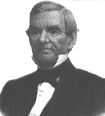







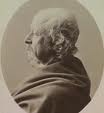


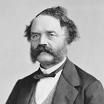












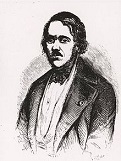







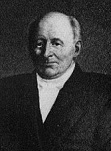
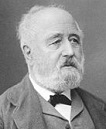
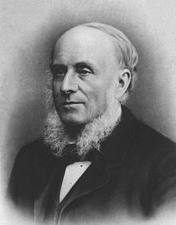
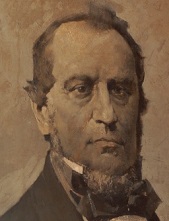



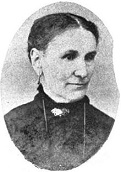



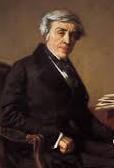

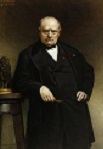
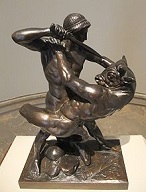


1843 Slave pop. of Cuba: 436K. Mauna Loa ("long mountain") on Hawaii Island erupts, becoming the first documented eruption, followed by 33x more eruptions by 2017. On Jan. 25 after insane Scottish woodsman (any other kind?) Daniel M'Naghten (McNaughton) (1813-65) stalks British PM Sir Robert Peel for several days, he strikes, killing Peel's personal secy. Edward Drummond (b. 1792) instead; his can-of-worms murder trial results in the House of Lords establishing the M'Naghten's Rules, the first legal test for insanity - too bad we can't X-ray their heads and see if they're faking it to get off? On Jan. 31 the Virginia Minstrels (Serenaders) of blackface musicians incl. Mount Vernon, Ohio-born Daniel Decatur "Dan" Emmett (1815-1904), New York City-born Billy Whitlock (1813-78), New York City-born Richard Ward "Dick" Pelham (Pell) (1815-76), and Baltimore, Md.-born Francis Marion "Frank" Brower (1823-74) debuts at the Chatham Theatre in New York City, pioneering the minstrel show, with songs incl. Jimmy Crack Corn (Blue Tail Fly) and Old Dan Tucker. On Feb. 5 the Great March Comet of 1843 is first observed (period 512.4 years), and by Mar. it grows very bright, frightening Australian aborigines. On Feb. 17 the Battle of Miani sees 2.8K British under Sir Charles Napier defeat 20K troops of the amirs of Sindh in in NW India; Sind is conquered and annexed in defiance of its rights under a treaty with its conqueror Britain; "Peccavi, I have Sind" goes the British saying; the Punjab is next (1846). On Mar. 4 Joseph Smith debates with fellow Mormon (his first cousin) George A. (Albert) Smith (1817-75), who argues against capital punishment, while Smith not only approves of it, but demands that hanging be chucked in favor of the Biblical punishment of "blood for blood", with the soundbyte: "I am opposed to hanging, even if a man kill another, I will shoot him, or cut off his head, spill his blood on the ground, and let the smoke thereof ascend up to God"; in a church gen. conference on Apr. 6, 1843 he utters the soundbyte that he would "wring a thief's neck off if I can find him, if I cannot bring him to justice any other way"; later Smith flops, claiming that he would be willing to tolerate men "as corrupt as the devil himself" in Nauvoo, Ill. who "had been guilty of murder and robbery" on the chance that they might "come to the wters of baptism through repentance, and redeem a part of their allotted time", which is approved on Jan. 27, 1845 by his successor Brigham Young, who on Feb. 25, 1846 flops and threatens thieves with throat cutting, getting a law passed in Utah Territory in 1851-88 providing for execution of murderers by decapitation, although nobody is executed; meanwhile Young preaches Blood Atonement (spilling their blood on the ground as a sacrificial offering for crimes so heinous that the atonement of Jesus no longer applies) for murder, theft, fornication, adultery, apostasy, and of course, miscegenation; in 1978 LDS apostle Bruce R. McConkie claims that the doctrine of blood atonement is only applicable in a theocracy; meanwhile George A. Smith gives a speech praising polygamy as superior to monogamy, with the soundbyte: "We breathe the free air, we have the best looking men and handsomest women, and if [non-Mormons] envy us our position, well they may, for they are a poor, narrow-minded, pinch-backed race of men, who chain themselves down to the law of monogamy, and live all their days under the dominion of one wife. They ought to be ashamed of such conduct, and the still fouler channel which flows from their practices; and it is not to be wondered at that they should envy those who so much better understand the social relations." On Mar. 18 the Icelandic Althing meets in Reykjavik, consisting of 20 members elected by male property owners, and six royal appointees. On Mar. 21 British poet Robert "chickens come home to roost" Southey (b. 1744) dies, and William "the Interminable" Wordsworth (1770-1850) becomes poet laureate of England; too bad, his poetic powers have dropped to almost nil since 1807, when his early enthusiasm for the French Rev. was replaced by creeping conservatism, causing Robert Browning to write the soundbyte: "Just for a handful of silver he left us,/ Just for a riband to stick in his coat." - The Lost Leader On Mar. 24 the Battle of Hyderabad (Dubbo) (Sindh) on the Indus River is won by 3K troops of the British East India Co. under Gen. Sir Charles James Napier (1782-1853) over 20K troops under Mir Sher Muhammad Khan Talpur "Sher-i-Sindh", and Hosh Mohammad (who is KIA); the Brits go on to conquer the region of Sindh (modern-day Pakistan), with Napier as gov. of Sindh and CIC of British forces in India. On Mar. 24 William S. Henson and John Stringfellow file articles of incorporation in London for the Aerial Transit Co., the first air transport co.; it turns out to be somewhat premature, and fails? On Mar. 25 the 1,506-ft. pedestrian-only Thames Tunnel between Rotherhithe and Wapping, London, built by Sir Marc Isambard Brunel (b. 1769) and his son Isambard Kingdom Brunel (begun 1825) opens, becoming the world's first underwater tunnel; in the first 4 mo. over 1M pass through it, incl. Queen Victoria and Prince Albert on July 26; trains are first used in 1865. On Apr. 24 after being given authorization on Feb. 16, the Snively Expedition of the 170-man Battalion of Invinciles led by Greencastle, Penn.-born Jacob Snively (1809-71) leaves to intercept a train of Mexican traders returning from Mo. through Tex. via the Santa Fe Trail in retaliation for Mexican raids on San Antonio in 1842, and the mistreatment of Tex. POWs captured in the Mier Expedition and the Santa Fe Expedition; too bad, after defeating a 100-man Mexican force on the Arkansas River on June 20, violating U.S. sovereignty, they are disarmed by U.S. Dragoons on July 15, and 70 diehards continue pursuing the traders, only to find them guarded by Mexican soldiers, giving up and returning to Tex. on Aug. 6. In Apr. secret negotiations to annex Texas, spurred by Southern slaveholders skittish about growing British influence result in a treaty completed by U.S. secy. of state John C. Calhoun being sent to the Senate for ratification; Calhoun then sticks his cotton' pickin' foot in his mouth when he sends the British minister a letter stating that Texas annexation will foil British abolitionists, and solid Whig opposition results in an overwhelming rejection of the treaty. On May 7 the first Japanese immigrants arrive in the U.S. in New York City; Pres. Tyler prophesies that the Pacific coast will be used to open up increased markets for the U.S. in China and Japan. On May 18 the Church of Scotland is disrupted when 457 of its 1.5K ministers sign the Deed of Demission in Edinburgh and form the Free Church of Scotland (the "Wee Free") (until 1900); photographers Robert Adamson (1821-48) and David Octavius Hill (1802-70) begin their careers by photographing the event. In May the migration from Independence, Mo. W along the Oregon Trail begins in earnest, with thousands of families trudging beside ox-drawn, canvas-covered wagons; before the railroad supplants it, 80K-200K make the trek; the migrants are warned to bring 75 lbs. of bacon and 200 lbs. of flour for each adult to last them for the 6-mo. journey; Horace Greeley writes in the New York Daily Tribune that the migrants displayed "an aspect of insanity"; the Brits claimed that the trek would prove impossible, and that they "might as well undertake to go to the Moon"; cholera, accidents, snakes and Indians eventually kill 20K, with half of the deaths occurring before reaching Ft. Laramie; by 1850 there up to four graves per mi. in "America's longest graveyard"; at South Pass, Wyo. at 7,412 ft. the trail climbs 1K ft. in 5 mi., and most wagons have to be lightened by shucking almost everything not essential, creating a giant treasure pile; the Oregon Trail is the only trail along which cattle are driven both west and east, after Oregon turns into cattle country by 1880. In May Des Moines, Iowa (named after the Des Moines River, either a translation of French "Riviere des Moines", i.e., River of the Monks, or River of the Moingwena Tribe) is founded by Capt. James Allen; it is incorporated on Sept. 22, 1851 as Ft. Des Moines. On June 3 (Sat.) the Manchester Courier and Lancashire Gen. Advertiser makes the first mention of "faggots", meaning meatballs made from cheap cuts of pork and or beef, AKA ducks or savoury ducks in Yorkshire, Lincolnshire, and Lancashire. In June Gen. Baldomero Espartero of Spain is ousted by a military coup of Moderados and Progresistas, and 13-y.-o. Isabella II (1830-1904) is declared of age, becoming queen of Spain (until Sept. 30, 1868). In the summer John Charles Fremont (1813-90) goes on his 2nd expedition, crossing the Rocky Mts. N of the Great Salt Lake, and down the Snake River and Columbia River to Oregon, then W to Lake Tahoe next Feb. 14, and down the E slopes of the Sierra Nevadas through Carson Pass into the Central Valley of Calif. to scope it out for gringos waiting for da news back east, then down the American River Valley to Sutter's Fort in Sacramento, then S along the E edge of the San Joaquin Valley, then E through Tehachapi Pass to modern-day Las Vegas, Nev., then N through Utah to South Pass, proving that the Great Basis doesn't have any river flowing towards the sea, disproving the legend of a Buenaventura River; in 1845 Fremont pub. a new map, which is pub. by Congress and used by thousands of immgrants to Ore. and Calif. in 1845-9 incl. the Calif. Gold Rush, inspiring the Mormons to settle in Utah. On July 12 Joseph Smith Jr. receives his divine revelation that polygamy is okay, going on to have 30 wives, incl. wife #28, 14-y.-o. Helen Mar Kimball (1828-96) in May; after the original written version disappears, the revelation is first revealed publicly by Brigham Young in 1852, causing a coverup attempt to the effect that Young introduced polygamy in the first place. On Sept. 29 the Treaty of Bird's Fort between the Repub. of Tex. and "the Indigenous Nations of the Delaware, Chickasaw, Waco, Tawakani, Keechi, Caddo, Anadahkah, Ionie, Biloxi, and Cherokee", negotiated by Edward H. Tarrant and George W. Terrell and signed in modern-day Haltom City, Tex. ends years of warfare, establishing the border of Indian territory as a "line of trading houses" at the junction of the Clear Fork and West Fork of the Trinity River in modern-day Fort Worth, Tex. (modern-day pop. 854K/7.1M) which is founded by the U.S. Army in 1849 as Camp Worth, becoming the northernmost fort protecting the Am. Frontier after the Mexican-Am. War. In Sept. Scottish economist and hatmaker James Wilson (1805-60) founds the weekly financial paper The Economist in London to campaign for free trade and laissez-faire, to "take part in a severe contest between intelligence, which presses forward, and an unworthy, timid ignorance obstructing our progress"; writers incl. Herbert Spencer (1820-1903) and Thomas Hodgskin (1787-1859); by the end of the 20th cent. it has a global circ. of 1.2M. On Oct. 13 the Jewish B'nai B'rith (Heb. "Sons of the Covenant") org. is founded in New York City by Henry Jones and 11 others; its symbol is a menorah; its service agencies later incl. the Anti-Defamation League (founded in Oct. 1913), and the Hillel Foundation for Jewish Campus Life (founded in 1923). The Blancos, aided by Argentine forces siege Colorado-held Montevideo in Uruguay (until 1851). Daniel Webster retires as U.S. secy. of state. Raleigh-born "Tennessee Tailor" Andrew Johnson (1808-75) is elected as a U.S. rep. from Tenn., working up to U.S. Sen. by 1857. The Hungarian Diet passes legislation opening official positions to non-nobles, and making Magyar the language of schools, law courts and legislatures. Paraguay begins a bloody campaign against the Guarani Indians in the yerba mate fields, and in 1846 makes it and exportable lumber state property; in 1848 Indians are divested of special status and all their community lands made state property - Indian = caca? A revolt in Haiti caused by heavy taxes and his arbitrary rule causes pres. (since 1818) Jean-Pierre Boyer to flee to France via Jamaica. Natal is annexed as a British colony. The U.S. recognizes the independence of the Hawaiian islands, followed in 1844 by Belgium, England, and France. The Tahlequah Conference of 16 Indian tribes and U.S. govt. officials is held shortly after the removal of the Five Civilized Tribes to the trans-Mississippi region; 75%-Scottish principal Cherokee chief John Ross (1790-1866), who led the court fight against removal attends. A bloodless rev. in Greece compels Otto I to dismiss his Bavarian advisers and grant a constitution with a bicameral legislature; too bad, he won't restore local self-govt., keeping the Greeks pissed-off. The Serbian Skupstina summons Alexander Karageorgevich (1806-85) (father of Peter I) to become prince of Serbia (until 1858). Faisal ibn Turki returns from exile to Riyadh and defeats his distant cousin Abdallah ibn Thunayyan, going on to rule Arabia until his death in 1865. Louis Philippe of France becomes friendly with Queen Victoria and Prince Albert, exchanging visits between this year and 1845. The republican propaganda of Giuseppe Mazzini begins to gain a strong following in S Italy (slum-infested Naples) after Ferdinand II proves to be just as big a despot as his daddy Francis I and his granddaddy Ferdinand I. The French govt. declares a monopoly on the manufacture of cigarettes, which are made from discarded cigar scraps and known as beggar's smokes. Maine-born Boston girls school head (since 1820) Dorothea Dix (1802-87) reports the shocking conditions in prisons and asylums to the Mass. legislature after visiting them regularly since 1841, going on to see institutes for the insane and destitute founded in 20 U.S. states and Canada - and now girls want to be like Britney Spears and Jessica Simpson? The Mexican govt. closes the Santa Fe Trail. British courts allow the insanity defense - rejuvenate yourself? Mountain man James "Jim" Bridger (1804-81) builds Ft. Bridger, a W Wyo. trading post which becomes a main stop on the Oregon, Calif. and Mormon Trails, a 6-mo., 2K-mi. trek for 1K+ "overlanders" in ox-drawn, canvas-covered "prairie schooners" starting each spring along the Oregon Trail from Independence, Mo. along the North Platte River into Wyo., through South Pass down to Ft. Bridger, down the Snake River to the Columbia River, then to Ft. Vancouver in the Williamette Valley; some branch off from the Snake River down the Calif. Trail across the Sierra Nevada to Calif.; the Williamette settlers of Champoeg organize a provisional govt. The Ortega-Stokes Land Grant in Calif. is made by the Mexican govt. to Edward Stokes, which later becomes the Santa Maria Valley. The secret society known as the Molly Maguires (known for sometimes dressing up as women for disguise) is organized in Ireland to terrorize agents of landlords to prevent evictions - cut the shine I need some names? The SS Great Britain is launched at Bristol, becoming the first screw propeller-driven iron hulled ship to cross the Atlantic. Scottish explorer Sir James Ross proves that Antarctica has an ice barrier. After being sent by Louis Philippe with two botanists and a taxidermist, French naturalist Francois Louis Nompar de Caumont La Force, Comte de Castelnau (1810-80) crosses South Am. from Rio de Janeiro to Lima along the Amazon and La Plata Rivers, ending up in Para in 1848. After William Lloyd One-Man Garrison publicly burns a copy of the U.S. Constitution in 1840, his Am. Anti-Slavery Society adopts a resolution declaring that the U.S. Constitution is a slaveholders' document, a "covenant with Death and an agreement with Hell", and that voting or taking an oath supporting the Constitution would be a sin, adopting the motto "No union with slaveholders", and advocating peaceful separation of free and slave states; only the 15th Amendment (1870) satisfies them and causes them to finally disband; meanwhile, the British are light years ahead of the Yankees, and black-as-coal Samuel Adjai Crowther (1809-91), who was born in Nigeria, sold as a slave in 1821, freed by the British then educated in Sierra Leone and the Church Missionary College in London is ordained into the Anglican Church, going on to return to Africa as a missionary and teacher, becoming the first bishop of the Niger in 1864 and translating the Bible into Yoruba; back in the U.S., former slave Isabella changes her name to Sojourner Truth (1797-1883), and goes on crusade sojourning for the you know what. The Jesuit College of the Holy Cross is founded in Worcester, Mass., becoming the oldest Roman Catholic college in New England. The British Archaeological Assoc. and Royal Archaeological Inst. of Great Britain and Ireland are founded. (Hiram) Ulysses Simpson Grant (b. 1822) graduates from West Point. Siamese-born er, Siamese twins Chang and Eng Bunker (1811-74) marry Sarah Ann (Sally) and Adelaide Yates in a quick double ceremony after being threatened by locals, then move into dual farm houses, the twins servicing them alternately and fathering 22 children (10 Chang, 12 Eng) - feed your busy family with how many pieces of Siamese chicken? By this time the state of Ohio has sent all its Indian tribes to reservations in Kan. and Okla. The city of St. Joseph, Mo. (AKA St. Joe) on the Missouri River in NW Mo. (modern-day pop. 76K) is founded and incorporated by French trapper Joseph Robidoux III (1783-1868), becoming the starting point of the Pony Express and death place of outlaw Jesse James; Robidoux goes on to build Robidoux Row, the first apt. bldg. W of the Mississippi River. The Theatres (Regulation) Act of 1843 is passed in Britain, amending the 1737 Licensing Act by restricting the Lord Chamberlain's power to only prohibit the licensing of plays that in his opinion "is fitting for the preservation of good manners, decorum or of the public peace", giving powers to local authorities to license theaters, breaking the monopoly of the patent theaters and encouraging the building of saloon theaters and music halls; it is repealed by the Theatres Act of 1968. Le Bal des Anglais in Paris is founded, becomes the world's first night club. Brazil becomes the 2nd country to issue postage stamps. Edwin Pearce Christy (1815-62) founds the blackface Christy's Minstrels in Buffalo, N.Y., going on to specialize in works by Stephen Foster (1826-64), incl. "Old Folks at Home". Felix Mendelssohn et al. found the Leipzig Conservatory of Music, and Mendelssohn resumes conductorship of the Gewandhaus Orchestra (until 1844). Daniel Decatur Emmett (1815-1904) produces the first minstrel show. Italian actor Tommaso Salvini (1829-1915) debuts as Pasquino in Goldon's "Donne Curiose", going on to becoming a hit in Italy, England, and the U.S.; Russian actor Constantin Stanislavski sees him in Moscow, inspiring him and causing to call him the "finest representative" of his own acting approach. Sports: Guy's Hospital Football Club in Southwark, London is founded, becoming the world's first football club. The sport of Nordic Skiing (ON "sticks") holds its first event in Tromso, Norway. The 1 mi. Royal Hunt Cup race for Throughbreds aged 3 years and older is founded in Ascot, England. Architecture: St. Peter's Basilica in Montreal, Canada (begun 1843) is completed. Inventions: Scottish inventor Alexander Bain (1811-77), inventor of the electric clock invents the facsimile (fax) machine, using electric clock pendulums to produce a back-and-forth line-by-line scanning mechanism. Alfred Bird (1811-78) invents Baking Powder for people like his wife who don't want yeast in their bread. The first Christmas Cards are sold in England by Sir Henry Cole (1808-82), who hires artist John Calcott Horsley (1817-1903) to design one showing people feeding and clothing the needy and celebrating; later cards feature Santa Claus, snowmen, and trees; Nativity scenes don't become popular until the 20th cent. British judge and physicist Sir William Robert Grove (1811-96) invents the Fuel Cell; the expense causes them to rest dormant until the Space Age, when they are used to power spacecraft. The U.S. Congress grants Samuel Morse $30K to build the first telegraph line in the U.S. from Washington, D.C. to Baltimore; it is inaugurated next year; meanwhile the first German telegraph is built from Berlin to Frankfurt-am-Mein under the supervision of Prussian artillery officer Werner von Siemens (1816-92), who co-founds the telegraphic equipment firm Siemens and Halske in 1847; meanwhile his brother Sir Charles William (Carl Wilhelm) Siemens (1823-83) emigrates to England in 1844 and sets up an English branch. Charles Thurber of Worcester, Mass. patents the first cylindrical platen typewriter. Concertmaster Ferdinand Sommer of Weimar invents the Euphonium wide-bored valved baritone bugle (smaller than a tuba). French scientist Lucien Vidie invents the Aneroid Barometer, which uses a beryllium-copper capsule instead of mercury. Science: On Oct. 16 after a decade of searching for a way to describe rotations in space, Irish mathematician Sir William Rowan Hamilton (1805-65) carves his discovery into the Broome Bridge in Dublin, then pub. the first description of Quaternions, an extension of complex numbers to 3 dimensions. Bohemian scientist Carl Joseph (Karl Josef) Napoleon Balling (1805-68) and Simon Ack invent the Balling Saccharimeter and the Balling Scale for beer sugar content based on specific gravity; in the 1850s it is replaced by the Brix Scale of German engineer Adolf Ferdinand Wenceslaus Brix (1798-1870), improving the accuracy from three decimal places to five; in the early 1900s the Plato Scale of German chemist Fritz Plato (1858-1938) improves it to six decimal places. German chemist Robert Wilhelm Bunsen (b. 1811) loses the use of his right eye in a cacodyl cyanide explosion, and, remembering two near-deaths from arsenic poisoning, he decides to switch from organic to inorganic chemistry. French astronomer Herve (Hervé) Faye (1814-1902) discovers Faye's Comet (period 7.34 years), which has just been deflected by a close passage of Jupiter from a long to a short period orbit. Irish mathematician Sir William Rowan Hamilton (1805-65) pub. the first description of Quaternions, an extension of complex numbers to 3 dimensions. English botanist John Stevens Henslow (1796-1861) discovers coprolitic nodules in the Red Crag at Felixstowe, Suffolk, and in 1845 discovers more in the Cambridge Greensand, leading to the establishment of a phosphate industry in Suffolk and Cambridgeshire. The tendency of learned societies of know-nothings to keep newbies out follows the dismal example of established churches? British (Manchester) brewer and obsessive amateur scientist James Prescott Joule (1818-89) calculates the first fairly accurate value (41.54M ergs or 4.154 Joules per calorie) for the mechanical equivalent of heat; later 10M ergs is called a Joule in his honor; at first his work is disregarded since he's not a recognized academic, and is refused by the Royal Society and learned journals, forcing him to get it pub. in 1847 in a Manchester newspaper on which his brother is the music critic; a few mo. later he is allowed to present it at a scientific gathering, and 23-y.-o. Scottish physicist William Thomson (1824-1907) (later Lord Kelvin) gets it accepted, causing it to be taken up by respectable German scientist Hermann Ludwig Ferdinand von Helmholtz (1821-94), who ends up getting credit for the law of conservation of energy instead of amateurs Joule and Mayer in 1847; Joule finally gets to present his paper to the Royal Society in 1849, making him look like a beer-brewing copycat? Carl Gustav Mosander discovers the rare-earth metallic elements Terbium (Tb) (#65) (#54 of 54 in the rare earth group) and Erbium (Er) (#68) (#50 in the rare earth group) in Ytterby, Sweden. French mathematician Adhemar Jean Claude Barre (Adhémar Jean Claude Barré) de Saint-Venant (1797-1886) pub. the first correct derivation of the Navier-Stokes Equations for viscous flow, and becomes the first to identify the coefficient of viscosity as the multiplying factor for velocity gradients in the flow; too bad, English physicist Sir George Gabriel Stokes (1809-1903) ends up getting credit after he asks his Cambridge students to solve it for prize exams in 1854, even though he got the solution in 1850 from Lord Kelvin. German astronomer Samuel Heinrich Schwabe (1789-1875) discovers 11-year Schwabe Solar Cycles of sunspot counts, with Cycle 1 set in 1755-66 by Swiss astronomer Johann Rudolf Wolf (1816-93) in 1848, who devises the Wolf (Zurich) (Internat. Sunspot) (Relative Sunspot) Number for the number of visible sunspots and sunspot groups; in 1852 Wolf et al. discover the link between the Wolf Cycle and geomagnetic activity on Earth. Nonfiction: Count Cesaro Balbo (1789-1853), The Hopes of Italy; liberal Italian nationalism. Bruno Bauer (1809-82), History of Politics, Culture and Enlightenment in the 18th Century (4 vols.); Christianity Exposed: A Recollection of the 18th Century and a Contribution to the Crisis of the 19th. Thomas Carlyle (1795-1881), Past and Present; how medieval society rocks and modern society sucks? Auguste Comte (1798-1857), Traite Elementaire de Geometrie Analytique. Carl Friedrich Gauss (1777-1855), Uber Gegenstaende der Hoheren Geodesie. Vincenzo Gioberti (1801-52), On the Moral and Civil Primacy of the Italians; pro Italian liberal nationalism. Moses Grandy (1786-), Narrative of the Life of Moses Grandy, Late a Slave in the United States of America. Alexander von Humboldt (1769-1859), Asie Centrale (2 vols.). James Prescott Joule (1818-89), The Calorific Effects of Magneto-Electricity, and the Mechanical Value of Heat; four different procedures to do it? Soren Kierkegaard (1813-55), Either/Or: A Life Fragment (Enten - Eller) (Feb. 20); pub. under the alias Victor Eremita (Victorious Hermit); how consciousness progresses from a hedonistic aesthetic mode to a mature conscience characterized by ethical imperatives; Fear and Trembling (Begrebet Angst) (Oct. 16); pub. under alias Johannes de Silentio, contrasting Abraham's sacrifice of his son Isaac with Agamemnon's sacrifice of his daughter Iphigenia; title refers to Philippians 2:12 and Psalms 55:5; incl. The Knight of Faith, about the cool individual who places complete faith in himself and in God, contrasted with the knight of infinite resignation; rocks the Danish Lutheran church with its rejection of Hegelianism and anticipation of Existentialism; written right after finding out that his babe Regine Olsen has said yes to his rival Johan Frederik Schlegel, causing him to turn to Lady Five Fingers with fear and trembling, while hoping that God will return her to him?; Repetition: A Venture in Experimental Psychology; pub. under alias Constantin Constantius; the Young Man jilts his betrothed, like Kierkegaard did with his babe Regine Olsen. Henry George Liddell (1811-98) and Robert Scott (1811-77), A Greek-English Lexicon; becomes the std. reference. James Martineau (1805-1900), Endeavours after the Christian Life (1843, 1847); Unitarian sermons. Jules Michelet (1798-1874), Le Pretre, a Femme, et la Famille. John Stuart Mill (1806-73), System of Logic. Charles de Montalembert (1810-70), The Obligation of Catholics in the Matter of Freedom of Teaching; founds the liberal French Roman Catholic movement. Andrew Archibald Paton, The Modern Syrians: or Native Society in Damascus, Aleppo, and the Mountains of the Druses; first use of the word "Islamism"? William Hickling Prescott (1796-1859), History of the Conquest of Mexico (3 vols.); Cortes' subjugation of the Aztecs. Josiah Priest (1788-1861), Slavery, As It Relates to the Negro; later titled "Bible Defence of Slavery; or the Origin, History, and Fortunes of the Negro Race" (1851); ttries to prove from the Bible that God created black people to be slaves to whites, starting with Noah's son Ham, who was cursed from birth to be a slave and was given black skin by God as a badge of inferiority, "a judicial act of God, or in other words a divine judgment"; since Priest knew Oliver Cowdery, this makes him a major source for the Book of Mormon and its nutso history and white supremacy? Wilhelm Roscher (1817-94), Grundriss zu Vorlesungen uber die Staatswirtschaft nach Geschichtlicher Methode (Plan of Lectures about the State Economy according to the Historical Method); proposes the cyclical theory of nations, whose economies allegedly pass through youth, manhood, and senility, founding the German Historical School of Economics based in Prussia, which spreads to England and the U.S., and dominates for the rest of the cent. John Ruskin (1819-1900), Modern Painters (5 vols.) (1843-60). John Lloyd Stephens (1805-52), Incidents of Travel in Yucatan (2 vols.). Charlotte Elizabeth Tonna (1790-1846), The Perils of the Nation: An Appeal to the Legislature, Clergy, Higher and Middle Classes. Forbes Benignus Winslow (1810-74), The Plea of Insanity in Criminal Cases; helps establish the plea of insanity in criminal cases. Music: Daniel Auber (1782-1871), La Part du Diable (opera) (Opera Comique, Paris). Michael William Balfe (1808-70), The Bohemian Girl (opera) (Nov. 27) (Drury Lane, London). Casimir Delavigne (1793-1843), Germain Delavigne, and Fromental Halevy, Charles VI (opera). Gaetano Donizetti (1797-1848), Don Pasquale (comic opera) (Jan. 3) (Theatre Italien, Paris) (Apr. 17, 1841, La Scala, Milan); libretto by Donizetti and Giovanni Ruffini, who refuses credit; the high point and end of the 19th cent. opera buffa tradition?; becomes one of the top-3 Italian comic operas along with his "L'Elisir d'Amore" (1832) and Rossini's "The Barber of Seville" (1816). Fromental Halevy (1799-1862), Charles VI (opera). Josef Lanner (1801-43), Die Schonbrunner (Schönbrunner) Waltz, Op. 200. Felix Mendelssohn (1809-47), Incidental Music to Shakespeare's "A Midsummer Night's Dream", Op. 61 (Potsdam); contains the ever-popular Wedding March. Robert Schumann (1810-56), Das Paradies und die Peri (Paradise and the Peri) (secular oratorio) (Leipzig). Johann Strauss I (1804-49), Echoes of the Rhine (Lorelei Rheinklange), Op. 154. Giuseppe Verdi (1813-1901), I Lombardi alla Prima Crociata (opera). Richard Wagner (1813-83), The Flying Dutchman (Der Fliegender Hollander) (opera) (Dresden) (Jan. 2) (opera #4). Art: Antoine-Louis Barye (1796-1875), Theseus and the Minotaur (bronze sculpture) Charles Deas (1818-67), Winnebagos Playing Checkers. Jean Louis Ernest Meissonier (1815-91), Young Man Playing the Cello. Hiram Powers (1805-73), The Greek Slave; the nude chained blonde-blue babe we'd all like to own?; attracts 100K viewers in the U.S. in 1847, and is a hit in 1851 at the Crystal Palace Exhibition, making him a celeb; Elizabeth Barrett Browning writes the sonnet Hiram Powers' Greek Slave about it, after which it gets used in the abolitionist cause. Plays: Robert Browning (1812-89), The Return of the Druses (Bells and Pomegranates No. 4); A Blot in the 'Scutcheon (Bells and Pomegranates No. 5). Emanuel von Geibel (1815-84), King Roderick (tragedy). Victor Hugo (1802-85), Les Burgraves. John Sterling (1806-44), Stafford (tragedy). Poetry: Thomas Hood (1799-1845), Song of the Shirt (in "Punch). Richard Henry Horne (1802-84), Orion; his masterpiece? Yevhen Hrebinka (1812-48), Bogdan; Ochi Chyornye (Dark or Black Eyes); set to music in 1884 by German Florian Hermann, becoming a giant hit in Russia. Count Zygmunt Krasinski (1812-59), Dawn. Novels: Berthold Auerbach, Schwarzwalder Dorfgeschichten (1st series); life in the Black Forest. Edward George Bulwer-Lytton (1803-73), The Last of the Barons; about "Kingmaker" Richard Neville, 15th earl of Warwick (1428-71). Charles Dickens (1812-70), Martin Chuzzlewit (1843-4); Mrs. Gamp, Seth Pecksniff, Tom Pinch; A Christmas Carol in Prose, Being a Ghost Story of Christmas (Dec. 19) (Tues.); illustrated by John Leech; 28K words, 80 pages; written in six weeks to pay off his debts while finishing "Martin Chuzzlewit", it sells 6K copies in its first week, causing him to write four more "Christmas books", creating a genre; "a Ghostly little book... which shall not put my readers out of humour... with the season"; mean old miser Ebenezer Scrooge, his downtrodden employee Bob Cratchit and his children Tiny Tim, Peter, Martha, Belinda and two nonames, his business partner Jacob Marley, his nephew Fred, his old employer Fezziwig, Dick Wilkins, laundress Mrs. Dilbert, undertaker's asst. Sparsit, fence Old Joe Hoggs, Caroline and her hubby; begins: "Marley was dead, to begin with"; ends: "And so, as Tiny Tim observed, God Bless Us, Every One!"; popularizes the phrase "Merry Christmas; "Bah! Humbug!" Scrooge becomes a synonym for a miser; has "staves" instead of chapters, since musical notation is written on five staves; "Stave I: Marley's Ghost"; "Stave II: The First of the Three Spirits" (Ghost of Christmas Past); "Stave III: The Second of the Three Spirits" (Ghost of Christmas Present); "Stave IV: The Last of the Spirits" (Ghost of Christmas Yet to Come); "Stave V: The End of It"; Dickens reads it at Birmingham Town Hall on Dec. 27, 1852 in his first-ever public reading - moral: go out and spend big bucks every Christmas? Yevhen Hrebinka (1812-48), Chaikovskii. Charles James Lever (1806-72), Jack Kimton; Tom Burke of Ours. Edgar Allan Poe (1809-49), The Gold Bug (June 21); pub. in Philly's Dollar Newspaper; William Legrand is bitten by a you know what and goes looking for Capt. Kidd's treasure on Sullivan's Island, S.C. with his superstitious black servant Jupiter, and finds all $14M of it using cryptography. Births: Scottish neurologist-psychologist Sir David Ferrier (d. 1928) on Jan. 13 in Woodside (near Aberdeen); educated at Aberdeen U., and Edinburgh U.; knighted in 1911. French automobile pioneer Emile (Émile) Levassor (d. 1897) on Jan. 21 in Marolles-en-Hurepoix. English philosopher-psychologist James Ward (d. 1925) on Jan. 27 in Hull; educated at Trinity College, Cambridge U. U.S. 5'7" high tariff Repub. pres. #25 (1897-1901) and Civil War maj. William McKinley Jr. (d. 1901) on Jan. 29 in Niles, Ohio; last U.S. pres. who is below avg. height; last U.S. Civil War vet to become pres.; born to an iron manufacturing family; attends Allegheny College in Penn. then becomes a country schoolteacher; moves to Canton, Ohio in 1867. English "St. Paul" classicist-poet (bi) (co-founder of the Society for Psychical Research) Frederic William Henry Myers (d. 1901) on Feb. 6 in Keswick, Cumberland; brother of Ernest Myers (1844-1921) and Arthur Thomas Myers (1851-94); maternal grandson of John Marshall (1765-1845); educated at Cheltenham College, and Trinity College, Cambridge U.; coiner of the term "telepathy". Italian soprano Adelina Patti (Adela Juana Maria Patti) (d. 1919) on Feb. 10 in Madrid, Spain; Sicilian father, Italian mother; emigrates to the U.S. in 1847. Am. Lincoln and Cadillac founder (inventor of electric barber clippers) Henry Martyn Leland (d. 1932) on Feb. 16 in Vt. Portuguese poet-scholar (pres. #2 in 1915) Teofilo (Teófilo) Fernandes Braga (d. 1924) on Feb. 24 in Ponta Delgada, Azores. Am. 6'4" first amputee of the U.S. Civil War James Edward Hanger (d. 1919) on Feb. 25 near Churchville, Va. Am. journalist-poet Eliza Jane Nicholson (Holbrook) (nee Poitevent) (d. 1896) (AKA Pearl Rivers, after the Pearl River in Miss.) on Mar. 11 in Gainesville, Miss. French social psychologist Gabriel Tarde (Jean-Gabriel De Tarde) (d. 1904) on Mar. 12 in Sarlat-la-Caneda, Dordogne. Am. painter-photographer-explorer William Henry Jackson (d. 1942) on Apr. 4 in Keeseville, N.Y.; great-great nephew of "Uncle Sam" Wilson (1766-1854); first to photograph Yellowstone Park. Hungarian conductor Hans Richter (d. 1916) on Apr. 4 in Raab (modern-day Gyor). Italian (Pisan) poet-writer Renato Fucini (d. 1921) on Apr. 8 in Monterotondo Marittimo. Am. ginger ale magnate James Vernor Sr. (d. 1927) on Apr. 11 in Albany, N.Y.; grows up in Detroit, Mich. Am. "The Wings of the Dove", "The Portrait of the Lady" realist novelist-playwright (gay?) ("maestro of the semicolon" - Truman Capote) Henry James Jr. (d. 1916) on Apr. 15 [Aries] in New York City; son of Henry James Sr. (1811-82); brother of William James (1842-1910) and Alice James (1848-92). Am. Trappist monk Brother Joseph (Ira Barnes Dutton) (d. 1931) on Apr. 27 in Stowe, Vt.; brought up as a Protestant, converts to Roman Catholicism, enters the Trappist monastery at Gethsemane, Ky., then in 1886 goes to the leper colony in Molokai, Hawaii. Canadian "Real McCoy" inventor (black) Elijah J. McCoy (d. 1929) on May 2. Irish Shakespearean poet-critic Edward Dowden (d. 1913) on May 3 in Cork; educated at Queen's College, Cork, and Trinity College, Dublin. Am. psychiatrist Henry Mills Hurd (d. 1927) on May 3 in Union City, Mich.; educated at the U. of Mich. Am. geologist ("Founder of Geomorphology") Grove Karl Gilbert (d. 1918) on May 6 in Rochester, N.Y.; educated at the U. of Rochester. German Berliner Tageblatt publisher (Jewish) Rudolf Mosse (d. 1920) on May 8 in Gratz, Posen; grandfather of George Lachmann Mosse (1918-98). German historical painter Anton Alexander von Werner (d. 1915) on May 9 in Frankfurt an der Oder; student of Johann Wilhelm Schirmer, Ludwig Des Coudres, and Adolf Schroedeter. Spanish "Episodios Nacionales" novelist ("the Spanish Tolstoy") (#2 after Cervantes) Benito Maria de los Dolores Perez Galdos (Pérez Galdós) (d. 1920) on May 10 in Las Palmas, Canary Islands. Am. Reformed Jewish rabbi-educator Kaufmann Kohler (d. 1926) on May 10 in Furth, Bavaria; emigrates to the U.S. in 1869. Am. bicycle manufacturer and Union lt.-col. Albert Augustus Pope (d. 1909) on May 20 in Boston, Mass. Japanese Marshal Adm. Count Ito (Itoh) Sukeyuki (d. 1914) on May 20 in Kagoshima, Sutsuma. Swiss politician-atty. Charles Albert Gobat (d. 1914) on May 21 in Tramelan. French jurist Louis Renault (d. 1918) on May 21; not to be confused with industrialist Louis Renault (1877-1944). Danish king (1906-12) Frederik (Frederick) VIII (Christian Frederik Vilhelm Carl) (d. 1912) on June 3 in Copenhagen; eldest son of Christian IX (1818-1906) and Louise of Hesse (1817-98); father of Christian X (1870-1947) and Haakon VII (1872-1957). Austrian pacifist novelist (1st woman to win the Nobel Peace Prize, 2nd woman to win a Nobel Prize) Baroness Bertha Felicitas Sophie Freifrau von Suttner (d. 1914) on June 9 in Prague; wife (1876-) of novelist Baron Arthur von Suttner (1850-1902). Scottish astronomer (in South Africa) Sir David Gill (d. 1914) on June 12 in Aberdeen; educated at Aberdeen U.; pioneer in photographic astronomy; first to measure solar parallax. Norwegian "Piano Concerto in A minor" composer Edvard Hagerup Grieg (d. 1907) on June 15 in Bergen; originally spelled Greig after his Scottish great-grandfather who fought in the 1746 Battle of Culloden. German Saxon beer mat entrepreneur Robert Ludwig Sputh (d. 1913) on June 18 in Dresden. U.S. Rep. (R-N.Y.) (1883-1914) Sereno Elisha Payne (d. 1914) on June 26 in Hamilton, N.Y.; educated at the U. of Rochester; first U.S. House majority leader (1899-1911). British Maj. Gen. Sir Herbert Stewart (Stuart) (d. 1885) on June 30 in Sparsholt, Hampshire; educated at Brighton College, and Winchester College; good cricket player; knighted in 1884. English "History of the Papacy" historian and Anglican bishop of London (1897-1901) Mandell Creighton (d. 1901) on July 5 in Carlisle, Cumberland; educated at Merton College, Oxford U.; husband (1872-1901) of Louise Creighton (1850-1936); teacher of Mary Bateson (1865-1906). Italian Golgi Apparatus physician Camillo Golgi (d. 1926) (pr. GOL-jee) on July 8 in Corteno (near Brescia). Argentine pres. (1880-6, 1898-1904) Gen. Alejo Julio Argentino Roca Paz (d. 1914) on July 17 in San Miguel de Tucuman; father of Julio Argentino Pascual Roca (1873-1942). Am. OK Corral lawman Virgil Walter Earp (d. 1905) on July 18 in Hartford, Ky.; brother of Wyatt Earp (1848-1929) and Morgan Earp (1851-82). English astronomer and photographic chemist Sir William de Wiveleslie Abney (d. 1920) on July 24 in Derby. German Wellentheorie ("wave theory") linguist Johannes Schmidt (d. 1901) on July 29 in Prenzlau, Pressua. Austrian (Styrian) poet-novelist Peter Rosegger (Rossegger) (d. 1918) on July 31 in Alpl (near Krieglach), Styria. Am. railroad atty., U.S. secy. of war #35 (1881-5) and diplomat Robert Todd Lincoln (d. 1926) on Aug. 1 in Springfield, Ill.; eldest son of Abraham Lincoln (1809-65) and Mary Todd Lincoln (1818-82); brother of Willie Lincoln (1850-62) and Tad Lincoln (1853-71); educated at Phillips Exeter Academy and Harvard U. English Bible scholar William Sanday (d. 1920) on Aug. 1 in Holme Pirrepont, Nottinghamshire; ed. of the Variorum Bible (1880); not to be confused with Am. preacher Billy Sunday (1862-1935). U.S. Supreme Court justice #57 (1898-1925) Joseph McKenna (d. 1926) on Aug. 10 in Philadelphia, Penn.; Irish Roman Catholic immigrant parents; educated at St. Joseph's College, and the Collegiate Inst. Swedish soprano Christine Nilsson, Countess de Casa Miranda (d. 1921) on Aug. 10 in Sjoabol (near Vaxjo); basis of Christine Daae in Gaston Leroux's "Phantom of the Opera"? German (Prussian) military historian and field marshal (1911-) Baron Wilhelm Leopold Colmar (Kolmar) von der Goltz (d. 1916) on Aug. 12 in Bielkenfield. Am. "Scofield Reference Bible" Bible scholar and minister Cyrus Ingerson Scofield (d. 1921) on Aug. 19 in Lenawee County, Mich.; starts as an atty., then U.S. atty. for Kan., then does time for a railroad scam, studying John Darby's works in priz and becoming a Dispensationalist. Am. astronomer and airplane designer Samuel Pierpoint Langley (d. 1906) on Aug. 22 in Roxbury, Mass.; inventor of the bolometer; collaborator of Charles Manly; narrowly loses to the Wright brothers in the race for powered human flight; namesake of Langley Field in Norfolk, Va. Spanish Roman Catholic nun (St.) Teresa de Gesu, Jornet y Ibars (d. 1897) on Aug. 26 in Aytona, Catalonia; feast day: Aug. 26. English Liberal radical imperialist politician Sir Charles Wentworth Dilke, 2nd Baronet (d. 1911) on Sept. 4; son of Sir Charles Wentworth Dilke, 1st baronet (1810-69); educated at Westminster School, and Trinity Hall, Cambridge U. Am. carpet sweeper inventor Melvin Reuben Bissell (d. 1889) on Sept. 25 in Hartwick, N.Y.; grows up in Berlin, Wisc.; husband of Anna Sutherland Bissell (1846-1934). Am. geologist Thomas Chrowder (pr. KROW-dur) "T.C." Chamberlin (d. 1928) on Sept. 24 in Mattoon, Ill.; grows up near Beloit, Wisc.; educated at Beloit College, and U. of Mich. English "The Monks of Thelema" novelist James Rice (d. 1882) on Sept. 26 in Northampton; educated at Queen's College, Cambridge U.; collaborator of Walter Besant (1836-1901). English portrait painter Sir Samuel Luke Fildes (d. 1927) on Oct. 3 in Liverpool; knighted in 1906; father of Sir Paul Fildes (1882-1971). Italian anarchist leader Amilcare Cipriani (d. 1918) on Oct. 18 in Anzio. French pedal bicycle inventor Pierre Lallement (d. 1891) on Oct. 25 in Pont-a-Mousson (near Nancy). German-Swiss "empirical criticism" philosopher Richard Heinrich Ludwig Avenarius (d. 1896) on Nov. 19. French balloonist Gaston Tissandier (d. 1899) on Nov. 21 in Paris; brother of Albert Tissandier (1839-1906); father of Paul Tissandier (1881-1944). Am. Tammany Hall boss Richard Croker Sr. (d. 1922) on Nov. 24 in Blackrock, County Tipperary, Ireland; family is Protestant; veterinarian father Eyre Coote Croker emigrates to the U.S. in 1846. Am. shredded wheat inventor (vegetarian) Henry Drushel Perky (d. 1906) on Dec. 7 in Saltcreek, Holmes County, Ohio. German physician-bacteriologist Robert Heinrich Herman Koch (d. 1910) (pr. coke) on Dec. 11 in Clausthal, Hanover; educated at the U. of Gottingen. Am. Repub. politician and newspaper publisher (Cincinnati Times-Star) Charles Phelps Taft (d. 1929) on Dec. 21 in Cincinnati, Ohio; half-brother of William Howard Taft (1857-1930); uncle of Robert Alphonso Taft (1889-1953); grand-uncle of Robert Taft Jr.; educated at Phillips Academy, Yale U., Columbia U., and Heidelberg U.; founder of the Wolf's Head Society at Yale U. Estonian poet ("Founder of Estonian Theater") Lydia Koidula ("of the Dawn") (Lydia Emilie Florentine Jannsen) (d. 1886) on Dec. 24 (Dec. 12 Old Style); daughter of Johann Voldemar Jannsen (1819-90). Russian Gen. Mikhail Ivanovich Zasulich (d. 1910) on Dec. 24. Romanian queen (and writer) Pauline Elizabeth Ottilie Luise of Wied (Carmen Sylva) (d. 1916) on Dec. 29 in Neuwied, Germany; daughter of Prince Hermann of Neuwied; wife (1869-) of Carol I of Romania; uses alias Dito und Idem when collaborating with her lady-in-waiting Mme. Mite Kremnitz. Am. prospector Nicholas C. Creede (d. 1897) near Fort Wayne, Ind.; grows up in Jasper County, Iowa. Spanish Little Sisters of the Poor founder nun (St.) Teresa of Jesus Jornet Ibars (d. 1897 in Catalonia; feast day: Aug. 26. Am. asphalt-automotive pioneer Amzi Lorenzo Barber (d. 1909) in Windham County, Vt.; Congregationalist pastor father; educated at Oberlin College. English "Travels in Arabia Deserta" travel writer-poet Charles Montagu Doughty (d. 1926)in Saxmundham, Suffolk; educated at Gonville and Caius College, Cambridge U. English Tay-Sachs Disease opthalmologist Waren (Warren) Tay (d. 1927) in Yorkshire; collaborator of Bernard Sachs (1858-1944). English shipbuilder Sir John Isaac Thornycroft (d. 1928); son of Thomas Thornycroft (1815-85) and Mary Thornycroft (1814-95); brother of Hamo Thornycroft (1850-1925) and Theresa Thornycroft (mother of Siegfried Sassoon). Am. Uncompahgre Ute leader Chipeta (White Singing Bird) (d. 1924) (b. 1844?); born into the Kiowa Apache tribe; wife (1859-) of Chief Ouray (1833-80). Czech novelist Antal Stasek (d. 1931). Deaths: English poet laureate Robert Southey (b. 1744) on Mar. 21; leaves 100+ vols. of works. German homeopathy founder Samuel Hahnemann (b. 1755) on July 2 in Paris: "That which can produce a set of symptoms in a healthy individual, can treat a sick individual who is manifesting a similar set of symptoms" - that's my excuse for masturbation? Am. George Washington's personal secy. in Philly Peter Wallace Gallaudet (b. 1756) on May 17 in Washington, D.C. Am. painter Col. John Trumbull (b. 1756) on Nov. 10 in New York City; 100+ of his paintings end up in the Yale U. Art Gallery in New Haven, Conn. Am. statesman-gen. John Armstrong Jr. (b. 1758) on Apr. 1 in Red Hook, N.Y. Am. lexicographer Noah Webster (b. 1758) on May 28 in New Haven, Conn.; dies broke: "In my view, the Christian religion is the most important and one of the first things in which all children, under a free government, ought to be instructed.... No truth is more evident to my mind than that the Christian religion must be the basis of any government intended to secure the rights and privileges of a free people." Italian architect Ferdinando Bonsignore (b. 1760) on June 27 in Turin. Am. tobacco-real estate tycoon Pierre Lorillard II (b. 1764) on May 23 in New York City; his obituary contains the first instance of the word "millionaire" in the U.S. British Adm. Sir Graham Moore (b. 1764) on Nov. 25 in Cobham, Surrey; his 37-vol. diary is pub. posth. French mathematician Sylvestre Francois Lacroix (b. 1765) on May 24 in Paris. Scottish chemist Charles Macintosh (b. 1766) on July 25. U.S. Supreme Court justice #18 (1823-43) Smith Thompson (b. 1768) on Dec. 18. Scottish mathematician-astronomer William Wallace (b. 1768) on Apr. 28 in Edinburgh. Russian field marshal prince Peter Wittgenstein (b. 1769) on June 11 in Lviv. German poet Friedrich Holderlin (b. 1770) on June 7 in Tubingen; leaves the unfinished tragedy Der Tod des Empedokles. Am. Cherokee leader Sequoya (b. 1770). Dutch king #1 (1815-40) William I (b. 1772) on Dec. 12 in Berlin, Prussia; dies after abdicating on Oct. 7, 1840. British prince Augustus Frederick, duke of Sussex (b. 1773) on Apr. 21 in Kensington Palace, London; dies without legitimate heirs. German philosopher Jakob Friedrich Fries (b. 1773) on Aug. 20. U.S. Navy commodore Isaac Hull (b. 1773) on Feb. 13 in Philadelphia, Penn. English poet laureate Robert Southey (b. 1774). English-born Am. mathematician Robert Adrain (b. 1775) on Aug. 10 in New Brunswick, N.J. German romantic poet Friedrich de la Motte-Fouque (b. 1777) on Jan. 23 in Berlin. Am. painter-writer Washington Allston (b. 1779) on July 9 in Cambridge, Mass. Am. "Star-Spangled Banner" composer Francis Scott Key (b. 1779) on Jan. 11 in Baltimore, Md. U.S. naval officer-diplomat David Porter (b. 1780) on Mar. 3 in Turkey. English reformer Richard Carlile (b. 1790) on Feb. 10 in London. French physicist Gustave-Gaspard Coriolis (b. 1792) on Sept. 19 in Paris. French poet-playwright Casimir Delavigne (b. 1793) on Dec. 11 in Lyons; dies before he can go to Italy to recoup his health, being celebrated as a great writer, even though his fame doesn't last beyond his generation. Austrian Viennese waltz composer Josef Lanner (b. 1801) on Apr. 14 (Good Friday) in Vienna (typhus). Am. abolitionist Isaac Knapp (b. 1804). Russian novelist Elena Andreyevna Fadeyeva (b. 1814).



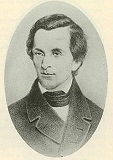

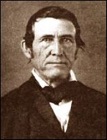
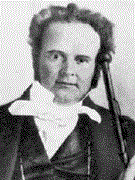
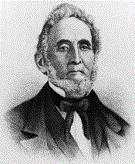
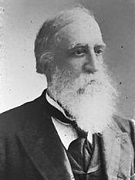
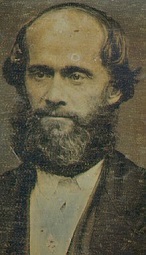
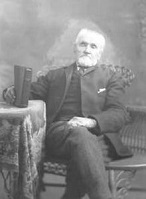



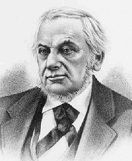








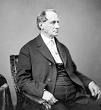



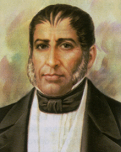

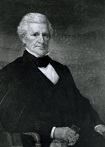
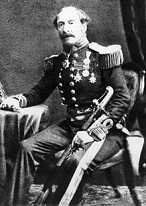



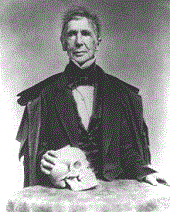








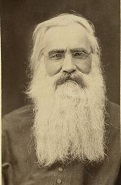







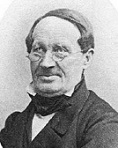
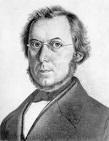



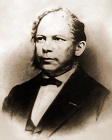
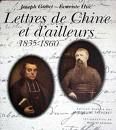






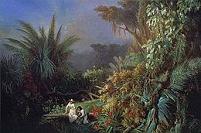
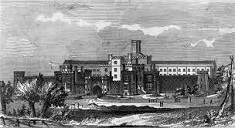
1844 Railway Mania sweeps Europe (ends 1847), spurring vast extensions of the railroad network; British railroad mileage goes from 26 in 1828 to 2,236 this year. The U.S. opens a consulate in Jerusalem, with the new consul gen. planting a U.S. flag at the Jaffa Gate and declaring that the U.S. "extended its protection to the Jews of Jerusalem"; meanwhile the first Census of Jerusalem by the Prussian consul Ernst-Gustav Schultz lists 7,120 Jews, 5,000 Muslims, and 3,390 Christians, plus 800 Turkish soldiers and 100 Europeans; Jews outnumber Muslim Arabs by 2-1 in Jerusalem? many Egyptian Muslims remain there, while Jews from Algiers and North Africa begin to settle in the city in growing numbers, call it a population war; in the 1840s and 1850s, the international powers begin a tug-of-war in Palestine as they sought to extend their protection over the region's religious minorities, a struggle carried out mainly through consular representatives in Jerusalem; the tide of Christian pilgrims increases under the Ottomans, doubling the city's pop. each Easter. On Jan. 15 the U. of Notre Dame (Notre Dame du Lac) in South Bend, N Ind. (near the border with Mich. and Ill.), founded on Nov. 26, 1842 by Father Edward Frederick Sorin (1814-93) of the French religious order Congregation of Holy Cross receives its charter from the state of Indiana; it is turned over to lay control in 1967; sports teams are known as the Fighting Irish. On Feb. 10 "the Liberator" Daniel O'Connell (1778-1847) is found guilty of political conspiracy against British rule in Ireland, protesting his innocence, and on Sept. 4 his conviction is reversed by the House of Lords. On Feb. 11 the Paulet Affair begins when British Capt. Lord George Paulet (1803-79) of HMS Carysfort claims that British subjects in the Hawaiian Islands are being denied their rights and lands in Honolulu, requesting an audience with king Kamehameha III, who play footsie with him, causing him to occupy the islands for five mo. and claim them for Britain, finally leaving on July 31 (Hawaiian Restoration Day) after his superiors intervene; the kingey utters the immortal soundbyte "Ua Mau ke Ea o ka 'Aina i ka Pono" (The life of the land is perpetuated in righteousness). On Feb. 24 the U. of Miss. (Ole Miss) in Oxford, Miss. is founded by the Miss. legislature, opening its doors to its first class of 80 students in 1848; in 1861 135 of 139 students enlist in the Confed. Army; it goes coed in 1882, hiring the first higher ed. female faculty member in the Am. Southeast in 1885; in 1897 student Elma Meek suggests the name Old Miss; on Sept. 30, 1962 after being denied entry on Sept. 20-26, USAF vet James Howard Meredith (1933-) enrolls while escorted by U.S. marshals, integrating the univ.; the sports teams are called the Rebels. On Feb. 28 Pres. Tyler (a widower since last Sept.) and guests cruise the Potomac River aboard the 1K-ton Swedish-designed gunboat USS Princeton (the U.S. Navy's first screw-propelled steamer), commanded by Princeton, N.J.-born Capt. (later Commodore) Robert Field Stockton (1795-1866); on the 3rd test-firing of its pair of 12-in. iron guns, one of them, the Peacemaker, explodes, killing six, incl. secy. of state Abel P. Upshur and Navy secy. Thomas W. Gilmer; Tyler is unhurt, but the incident damages his rep.; lucky for Tyler, David Gardiner, brother of visiting beautiful N.Y. socialite Julia Gardiner Tyler (1820-89) is among those killed, allowing him to step up to the plate and personally console her, persuading her to marry him next June 26 in New York City, which causes the U.S. pop. to raise eyebrows since she's 30 years younger, with Tyler's oldest daughter Mary only five years younger than her; Julia goes on to turn the White House into a ball house, wearing plumes in her hair attended by maids of honor dressed in white, hosting up to 3K at a time, and after he leaves office they move to Tyler's plantation in good ole Charles County, Va., where she bears seven children. On Mar. 8 Charles XIV John (b. 1763) (Jean Bernadotte) (king of Sweden and Norway since 1818) dies, and his son Joseph Francois Ocar Bernadotte, husband of Empress Josephine's granddaughter Josephine de Beauharnais becomes king Oscar I (1799-1859) of Sweden and Norway (until July 8, 1859), Bernadotte monarch #2. On Mar. 11 Joseph Smith Jr. establishes the secret Council of Fifty (which incl. non-Mormons) AKA "The Kingdom of God and His Laws with the Keys and Power thereof, and Judgment in the Hands of His Servants, Ahman Christ" to symbolize and represent t+he future theodemocratic Mormon Kingdom of God on Earth, with him as king (cooked up by his ghostwriter Wiliam Wines Phelps), but really to launch his campaign for pres. of the U.S., which is announced at the LDS Gen. Conference on Apr. 9; on May 17 Smith's new Reform Party holds its nomination convention, which uninanimously nominates him, with the platform calling for members "to carry out the principles of liberty and equal rights, Jeffersonian democracy, free trade, and sailors' rights, and the protection of person and property", announcing a nat. convention in New York City on July 13; Smith turns Southerners on with a plan to end slavery by 1850 via compensated emancipation funded with the sale of public lands and the cutting of Congresspersons' salaries from $8/day to $2/day, and proposes a nat. bank along with a reduction of the U.S. House of Reps to two members per million pop., open borders, replacement of prisons with "seminaries of learning", and the granting of power to the U.S. pres. to suppress mobs sans a request from state governors along with a constitutional amendment providing for capital punishment for officials who refuse to assist those denied their constitutional rights, with the soundbyte: "The state rights doctrines are what feed mobs"; if Smith had lived to be elected U.S. pres. instead of Abraham Lincoln, he could have avoided the bloody U.S. Civil War and kept Washington, D.C. from turning into a corrupt shark-infested swamp, and the compensated Southern ex-slaveholders might have invested their cash in factories and turned the South into an industrial dynamo?; he might even have become a nat. hero and pushed Mormonism over on the U.S. complete with polygamy and white supremacy? - the good die young? He had time to inject the Satanic core into Mormonism before his assassination? On Apr. 7 the King Follett Discourse (Sermon) is delivered by Joseph Smith Jr. in Nauvoo, Ill. before an audience of 20K Mormons at a gen. conference shortly before the funeral service of elder King Follett, who died on Mar. 9, claiming that God (Elohim) was once a mortal man, and that men and women can become gods and goddesses (divinization) via salvation and exaltation. On Apr. 27 Henry Clay and Martin Van Buren pub. letters in separate Washington, D.C. newspapers opposing Texas annexation because of the danger of war, with Clay adding in his Raleigh Letter of Apr. 17 that it would be "dangerous to the integrity of the Union"; the U.S. Senate rejects the Texas annexation plan zealously pushed by Pres. Tyler, who wants to give slavery more room - I didn't want to do it, I didn't want to do it? The slavery issue colors the election, as one white party goes for white clay, and the other for a pig in a polk on a dark horse? On May 1 the 1844 Whig Nat. Convention in Baltimore, Md. unanimously nominates Henry Clay (1777-1852) of Ky. for pres., and Theodore Frelinghuysen (1787-1862) "the Christian Statesman" of N.J. for vice-pres.; on the first-ever 1844 Whig Platform omits any reference to the hot potato of Texas; on May 27-29 the 1844 Dem. Nat. Convention in Baltimore, Md. deadlocks over anti-annexation candidate Martin Van Buren and pro-annexation candidate Lewis Cass of Mich., and on the 9th ballot nominates pro-slavery pro-expansionist (both Tex. and Ore.) James Knox Polk (1795-1849) of Tenn., who becomes the first "dark horse" candidate in U.S. history (a shock of long grizzled hair looks like a mane, and he has probing gray eyes?), and the first to announce that he won't seek reelection; the 1844 Dem. Platform calls for "the reoccupation of Oregon and the reannexation of Texas"; "president without a party" Tyler fails to win renomination by the alienated Whigs or the Dems; the Chronicle of Ithaca, N.Y. runs a false story about German tourist Baron von Roorback, who claimed to see Polk brand and sell 23 slaves at a slave auction, which backfires when it is exposed as a hoax, but doesn't stop the term "Roorback" from being coined to denote last-minute black propaganda. On May 6-8 the Philadelphia Bible (Nativist) Riots see rumors that Irish Roman Catholic immigrants are trying to remove the Bible from public schools lead to riots, which are repeated on July 6-7; the lack of law enforcement leads to consolidation of the city in 1854. On May 8 Sir John Francis Davis (1795-1890), author of Hien Wun Shoo: Chinese Moral Maxims (1823) becomes British gov. of Hong Kong (until Mar. 21, 1848), seeing his home robbed on July 16 by the natives, who hate his drug-pushing guts, not to mention British merchants, who resent his high taxes; meanwhile he goes on to perform the first census, which reports 23,988 people living in Hong Kong - by the 21st cent. that many live in a single apartment house? On May 23 Shiite Siyyid 'Ali-Muhammad Shirazi (1819-50) of Shiraz, Persia takes the title of Bab (Arab. "Gate") and announces the Declaration of the Bab, founding the Baha'i (Arab. "splendor") faith (Bahaism) in Persia, stressing universal brotherhood and equality, and forbidding slavery, polygamy, begging, and drinking alcohol; too bad, his claim that divine revelation flows through him gets him executed in 1850. The first E.F. Hutton: he talks and you listen? On May 24 "What hath God wrought", the first long distance message over telegraph wires is sent by Samuel F.B. Morse from Washington, D.C. to Mount Clare Station in Baltimore, Md.; on May 25 it appears in the Baltimore Patriot - don't blame God for it? On June 6 the Young Men's Christian Assoc. (YMCA) is founded in England by draper's shop mgr. Sir George Williams (1821-1905) as a way to get men off the streets and into nice rooms where they can read the Bible and figure out when the Second Coming is going to be; his boss George Hitchcock is one of his first converts; he is knighted in 1894 by Queen Victoria. On June 14 the Warsaw Signal pub. minutes of a meeting of residents of Warsaw, Ill. organized by Mount Holly, N.J.-born anti-Mormon activist publisher Thomas Coke "Old Tom" Sharp (1818-94), July 1841 founder of the Anti-Mormon Party in Hancock County, at which they resolve that "the Prophet [Smith] and his miscreant adherents, should... be demanded at their [the Latter Day Saints'] hands, and if not surrendered, a war of extermination should be waged to the entire destruction, if necessary for our protection, of his adherents"; on Sept. 25 a deputy sheriff attempts to arrest him as a suspect in the murders of Joseph and Hyrum Smith, but he flees to Alexandria, Mo. until Oct. 1, when he agrees to be tried in Quincy, Ill., where he and four others are acquitted of the murders. The good die young? Another beauty queen doesn't reach 40? On June 27 after 39-y.-o. holy polygamist Elvis lookalike Joseph Smith Jr. (b. 1805) becomes mayor of Nauvoo, Ill., and his city council orders the suppression of the Warsaw Signal anti-Mormon newspaper for claiming that Smith is a polygamist (which he denies), which Smith allows the Nauvoo Legion to do, causing an outcry that causes Smith to declare martial law and mobilize the Nauvoo Legion on June 18, getting him and his elder brother Hyrum Smith (b. 1800) arrested and jailed on June 23 in Carthage, Ill., they are murdered in jail by a mob after being promised protection by Dem. Ill. gov. #8 (1842-6) Thomas Ford (1800-50) and the Carthage Greys local state militia, which disobeys orders and joins the mob; Smith unloads a 6-shooter smuggled to him, missing three shots and wounding three mob members with the others; he could have escaped, but preferred martyrdom?; Smith liked tea, wine, and liquor, and Nauvoo had its own brewery; the Prophet dies at age 39 after having married at least 49 women (wives or concubines)?, incl. 12 already-married women, five sets of sisters, and one mother-daughter pair; "When I see a pretty woman I have to pray for grace"; during his life he was subjected to approx. 30 criminal actions; he leaves Joseph Smith's Translation of the Bible, written mainly in June 1830-July 1833, adding the Book of Moses (Visions of Moses and Enoch), and the Passage on Melchizedek, and amending the text of the King James Version even though he doesn't know Hebrew, Greek, or Aramaic; "The book is a curiosity to me, it is such a pretentious affair, and yet so 'slow,' so sleepy; such an insipid mess of inspiration. It is chloroform in print. If Joseph Smith composed this book, the act was a miracle - keeping awake while he did it was, at any rate... Wherever he found his speech growing too modern - which was about every sentence or two - he ladled in a few such Scriptural phrases as 'exceeding sore,' 'and it came to pass,' etc., and made things satisfactory again. 'And it came to pass' was his pet. If he had left that out, his Bible would have been only a pamphlet." - Mark Twain, Roughing It, 1872, Ch. 16; the prophet's death launches a succession crisis, with the church's five leading quorums of authority going at like cats and dogs; on July 10 Smith's longtime friend (born in Rutland, Vt.) William Marks (1792-1872), stake pres. of Nauvoo (an opponent of polygamy) is ordained by the secret Council of Fifty as his successor, backed by Smith's first wife Emma, with Marks claiming that in the weeks before his death Smith had told him that it was a curse not a blessing, and started taking steps to end the practice incl. burning his polygamy revelation and destroying his temple garments; too bad, Hopkinton, Mass.-born apostle-elder and church historian-recorder Willard Richards (1804-54) convinces them to wait until his cousin, Whittingham, Vt.-born Brigham Young (1801-77) returns from Smith's pres. campaign, then backs him as successor, after which a large meeting is held on Aug. 8, where Sidney Rigdon (1793-1876) claims that there can be no true successor to Smith, and that as the senior surviving member of the First Presidency he should be made the church's "Protector", while Young claims that the Quorum of the Twelve Apostles is "equal in authority and power" to the First Presidency, so as its pres. he should lead the church, with his speech wowing the audience so much that they claim he looks and sounds exactly like Smith, proving divine approval; actually the majority back Young for his pro-polygamy stand?; either way, Marks drops out of the race, leaving Nauvoo in Feb. 1845 before Young can get him "whittled out" (surrounded by men who whistle and whittle until he gets the idea), going on to ping-pong between support of Sidney Rigdon, James Strang, and Joseph Smith III, ending up as his counselor; after Rigdon is excommunicated on Sept. 8, causing him to excommunicate the Quorum of the Twelve Apostles and flee to Pittsburgh, Penn., founding the Rigdonite Church; on Apr. 6, 1860 the Reorganized Church of Jesus Christ of Latter Day Saints (Community of Christ since 2001) also splits off, with Joseph Smith Jr.'s eldest surviving son Joseph Smith III (1832-1914) (who is ardently anti-polygamy, claiming that his daddy never taught or practiced it, and that it was invented by Brigham Young), becoming prophet-pres. on June 6, 1860-Dec. 10, 1914; the Strangites, organized by Scipio, N.Y.-born James Jesse Strang (1813-56) split off after he produces a Letter of Appointment from Joseph Smith Jr. dated June 18, 1844 and convinces several thousand Mormons to move with him to Voree, Wisc., followed in 1848 by well-named Beaver Island in Lake Michigan after flopping from monogamy to polygamy and losing several followers, declaring himself king and ending up getting assassinated; the Church of Jesus Christ (Bickertonite) also splits off, organized by William Bickerton (1815-1905), who is converted from Methodist to Mormon by Sidney Rigdon in 1845, and backs his claim to be Joseph Smith Jr.'s rightful successor, but refuses to move with him to Adventure Farm near Greencastle, Penn., remaining in Monongahela, Penn. until it collapses in Apr. 1847, refusing Brigham Young's command to teach plural marriage, organizing his own branch of the church in West Elizabeth, Penn. in 1851, causing Young to excommunicate them in 1855, after which in 1875 he leads 35-50 families to the Zion Valley Colony in St. John, Kan.; on Sept. 19, 1853 after leaving in fall 1847 to do missionary work among the Lamanites (Native Ams.) near Kanesville, Iowa, and becoming the subject of rumors of disloyalty to the Twelve Apostles and of being elected Generalissimo of a union of 37 nations, Plainfield, N.H.-born John Alpheus Cutler (1784-1864), captain of Smith's personal bodyguard and his "chief architect and master workman of all God's holy houses" since 1838, who picked the site for Winter Quarters, breaks off from Brigham Young and founds his own Church of Jesus Christ (Cutlerite) in Manti, Iowa, claiming to be the only legitimate Latter Day Saint church in the world because the Nauvoo Temple wasn't completed in the "sufficient time" required in Doctrine and Covenants 124:31-32, rejecting polygamy but retaining baptism for the dead, reaching a high of 183 members; in 1847 Smith County, Tenn.-born apostate William Earl McLellin (1806-83) remembers that Joseph Smith Jr. once designated Harrisburg, Penn.-born Three Witnesses man David Whitmer (1805-88) as his successor, and he bites and forms the Church of Christ (Whitmerite), recruiting fellow gold plate witnesses Oliver Cowdery, Martin Harris, Hiram Page, and John Whitmer, although David Whitmer never joins, and it soon goes kaput until Whitmer ordains his nephew John C. Whitmer as First Elder in Jan. 1876, then in 1887 pub. the pamphlet An Address to All Believers in Christ blasting all other branches of the LDS movement but the Whitmerite church, which goes kaput again in the 1960s. On July 12 the Haitians are thrown out of the E half of Hispaniola, and the Dominican Repub. is established, with wealthy cattle rancher and soldier Pedro Santana Y Familias (1801-64) as pres. #1 on Nov. 14 (until Aug. 4, 1848); meanwhile uprisings and Haitian attacks continue, while the pop. splits into a faction that wants to return to Spanish rule and another that wants to be annexed by the U.S., allowing capable Santas to consolidate rule as a dictator (until Mar. 18, 1861). In July the First Maori War with the British in New Zealand begins (ends 1847). On Aug. 6-14 the First Franco-Moroccan War begins when Algerian resistance leader Abd al-Qadir retreats into Morocco to avoid the French; on Sept. 10 the Treaty of Tangiers ends the First Franco-Moroccan War, with Morocco recognizing Algeria as part of the French Empire; the oasis town of Biskra, Algeria, known for carpets and burnooses is seized from the Moors by the French, who build Ft. St. Germain. On Aug. 28 after sending his first economic work "Outline of a Critique of Political Economy" to be pub. by Marx, Friedrich Engels meets Karl Marx again at the Cafe de la Regence in Paris, and this time they become close pals. On Sept. 12 the military revolts, and Gen. Jose Joaquin (José Joaquín) Antonio de Herrera (1792-1854) becomes pres. #14 of Mexico (until Sept. 21, followed by Dec. 6, 1844-Dec. 30, 1845, and June 3, 1848-Jan. 15, 1851), proving a political moderate. In Sept. Norman-born Parisian courtesan Marie Duplessis (Alphonsine Rose Plessis) (1824-47) becomes the mistress of novelist Alexandre Dumas fils (1824-95) (illegitimate son of Alexandre Dumas pere), who hooks up with her for almost a year until next Aug., then gets to work immortalizing her as Marguerite in "La Dame aux Camelias" (1848) (with himself as Armand), while she hooks up with Franz Liszt (1811-86), then dies of TB at age 23. On Oct. 1 Halki Seminary in Heybeliada Island in Constantinople is founded, becoming the #1 Eastern Orthodox seminary; too bad, the mean Muslim Ottoman govt. closes it in 1971 to make it impossible for new priests to be ordained (until ?). When does a fashion statement make a bank statement? On Oct. 24 the Millerites, followers of Pittsfield, Mass.-born Baptist preacher William Miller (1782-1849) begin to face the Great Disappointment of 1844 when the 2,300 Year-Days of Daniel 8:14 don't jive like they thought, and the world doesn't end with the Second Coming of Christ; never fear, in Dec. Maine-born Ellen Gould White (1827-1915) begins having the first of 2K personal visions, causing the true believers to regroup and form the Seventh-Day Adventists, who claim that Christ didn't make his Second Coming because he entered the Holy of Holies in the Heavenly Sanctuary to begin the Investigative Judgment, and that they should worship on Saturday not pagan Sunday - Sunday didn't work so why not go back to the Jewish sabbath? On Nov. 1-Dec. 4 after Henry Clay suddenly flip-flops on Texas, saying that slavery there is only a "temporary institution", and that if it could be annexed "without dishonor, without war, with the common consent of the Union, and upon just and fair terms" he wouldn't object, and Polk's followers cry for "Texas and Democracy" and "Fifty-four Forty or Fight" (annexing Oregon all the way to Alaska), with Polk's Senate spokesman William Allen (1803-79) "the Ohio Foghorn" leading the charge, tasking Clay for being a gambler, dueling fool, and debaucher, with the Whig campaign slogan "Who is James K. Polk?", the 1844 U.S. Pres. Election sees Polk barely edge Clay in the popular vote by 39K (1,339,494 to 1,300,004), but win by 170-105 electoral votes; the 62K votes (out of 2.5M total) cast for abolitionist James G. Birney of the Liberty Party (former Northern Whigs) deprives Clay of N.Y. and costs him the election (he would have won by 7 electoral votes); Polk carries neither N.C., his birth state, nor Tenn., the state he served as gov. for two terms; the Liberty Party disbands in 1848 when many of its members join the Barnburners to form the Free-Soil Party. An attempt is made on the life of Prussian King Frederick William IV. PM Sir Robert Peel renews the British income tax for three more years, and takes more steps towards free trade, eliminating all duties on exports, but purposely keeps the Corn Law's high duty on imported grain. China allows the first Christian missionaries into their country, and five Chinese ports are opened to U.S. ships after negotiations led by U.S. minister Caleb Cushing (1800-79) result in the Treaty of Wang Hiya (Wangshia), the first U.S.-Chinese treaty of peace, amity, and commerce; French Lazarist missionaries Abbe Evariste Regis Huc (1813-60) and Joseph Gabet begin a journey from China to Tibet, arriving in Lhasa in 1846. Uganda in E Africa is first visited by European explorers and Arab traders. The French take over the 14-island Gambier Islands in the Tuamotus 1K mi. SE of Tahiti, claiming a protectorate, which is formally annexed in 1881. The Silesian Weaver Revolt is brutally sewn up. The island of Fernando Po in the Gulf of Guinea is reclaimed by Spain. Armed street fights between Protestants and Catholics in Philadelphia, Penn. end with 20 dead and 100 injured. Rama Varma XII dies, and Rama Varma XIII (-1851) becomes king of Cochin in SW India (until 1851). Ang May becomes reina of Cambodia for the 2nd time (until 1845). Laws giving corporations limited liability are passed in Britain, and now the era of corporate greed is in sight, though it takes until the 1860s for the U.S., France, and Germany to follow suit; meanwhile the accounting prof. begins a boom (there were only five in England in 1790 and 73 in 1822). The British Factory Act is passed, requiring children from 9-13 years of age to work at most half a day, or on alternate days, and go to school in the meantime; women are placed in the same category, and their working day reduced to 10 hours. The Spanish govt. in the Philippines outlaws private trading by provincial govs., allowing the Chinese to set up shop. Millard Fillmore loses a bid to become gov. of New York. William Henry Herndon (1818-91) is admitted to the Ill. bar, becoming the lifelong law partner of Abraham Lincoln. Am. atty. Lysander Spooner (1808-87) of Mass. founds the Am. Letter Mail Co. to compete with the U.S. Post Office, which creates a 3-cent stamp to compete with him then ties him up in court with legal challenges until he runs out of funds; the case never reaches the U.S. Supreme Court; until he started his co., postal rates were 14.5 cents and up. Francois Marbeau opens the first creche (infant nursery) in Paris, causing others to open salles d'asile, daycare facilities for children too old for the creche but too young for school. The Rochdale Society of Equitable Pioneers in Rochdale, Lancashire, in NW England near Manchester (an org. of flannel weavers) is founded, becoming the first successful cooperative in England, reaching a membership of over 5K by 1869. The Petrashevsky Circle of followers of the Socialist theories of Charles Fourier begins meeting on Fridays at the home of M.V. Petrashevsky; after the revs. of 1848 they go radical and get shut down by the govt. in 1849. The Shaftesbury Society (Ragged School Union) in London is founded by the 7th earl of Shaftesbury to provide schools and hostels for physically handicapped children and victims of muscular dystrophy. The last Great Auk is killed on an island off Iceland - what were its last words that made Milaukee famous? Jonkoping (Jönköping) in Sweden becomes a center for manufacturing matches after J.E. Lundstrom founds the Match Factory (Tandstickfabriken). His first wife Letitia (b. 1790) having died in 1842, Pres. John Tyler marries 30-years-younger Julia Gardiner (1820-89); they have 5 sons and 2 daughters, bringing his total to 8 and 6. The city of Portland, Ore. (modern-day pop. 584K/3.1M) at the confluence of the Willamette and Columbia Rivers at the end of the Oregon Trail is founded; the name is decided on a coin toss, with loser Asa Lovejoy of Boston, Mass. wanting Boston, and winner Francis W. Pettygrove of Portland, Maine wanting Portland; it is incorporated on Feb. 8, 1851. German Bible scholar Lobegott Friedrich Constantin (von) Tischendorf (1815-74) journeys to the wilderness of Sinai and finds an ancient copy of the New Testament, the Epistle of Barnabus, and about half of the Greek Septuagint (incl. the complete Deuterocanonical vols.) in the wastebasket of St. Catherine's Monastery dating to 325, (the oldest yet discovered), and takes away only 43 sheets; he returns in 1853 and finds only a further fragment; it becomes known as the Codex Sinaiticus The first public bath and wash houses open in Liverpool, England. The Toronto Globe is founded by Scottish-born George Brown (1818-80), who goes on to become active in the Reform Party. Danish poet-educator Bishop Nikolai F.S. Grundtvig (1783-1872) founds the first inst. of adult ed., and his ideas, combined with those of Soren (Sören) Kierkegaard (1813-55) rock the Danish Lutheran Church, leading to reforms. Christen (Kristen) Kold (1816-70) founds the first Danish folk high school in Rodding (Rødding) to instill Dutch nationalism. The Am. Psychiatric Assoc. (APA) is founded in Philadelphia, Penn. by 13 insane asylum and mental hospital dirs. as the Assoc. of Medical Superintendents of Am. Institutions for the Insane (AMSAII); in 1892 it becomes the Am. Medico-Psychological Assoc.; in 1921 it changes to the present name; by 2012 it has 36K members; their logo is a likeness of Benjamin Rush. After attending lectures on animal magnetism, Blooming Grove, N.Y.-born Andrew Jackson Davis (1826-1910) begins practicing magnetic healing (until 1847), becoming known as "the Poughkeepsie Seer" and making a fan of Edgar Allan Poe, later Edgar Cayce. After HMS Beagle Capt. Robert FitzRoy teaches it to his crew, the British Royal Navy officially adopts the term "port" for the left side of a ship, replacing larboard; the right side is starboard. The Rochdale Society of Equitable Pioneers is founded in Rochdale, England, beginning the modern cooperative movement. The German humorous weekly newspaper Fliegende Blatter begins pub. in Munich (until 1945). Danish composer Niels Wilhelm Gade (1817-90) becomes conductor of the Gewandhaus Orchestra (until 1848). 12-y.-o. Hungarian violin prodigy Joseph Joachim (1831-1907), protege of Felix Mendelssohn debuts in the Leipzig Gewandhaus playing Heinrich Wilhelm Ernst's "Otello Fantasy", becoming a big hit in London playing the Beethoven violin concerto. Mass.-born Transcendentalist feminist brain babe Sarah Margaret Fuller (1810-50) moves from Boston to New York City and becomes lit. critic for Horace Greeley's New York Tribune, the first full-time book reviewer in journalism history, rising to the newspaper's first female ed. in 1846, becoming known for the statement that she never met her intellectual equal, and once announcing "I accept the Universe", to which Thomas Carlyle replies "By Gad, she'd better"; another favorite quote of hers is "If you ask me what offices women may fill, I reply, 'Any'. I do not care what case you put. Let them be sea captains, if you will", causing Greeley to yell "Let them be sea captains if they will" to her all the time. Club des Hashischins (Hashishins) (Hachichin) is founded in Paris (until 1849) to explore the pleasures of hashish smoking by Charles Baudelaire, Eugene Delacroix, Alexandre Dumas pere et al., holding monthly "seances" at the Hotel de Lauxun on Ile Saint-Louis. Victor Marie Hugo (1802-85) succeeds Charles Nodier as grandmaster of the Priory of Sion (until 1885) :). Pabst Brewing Co. in Milwaukee, Wisc. is founded in Milwaukee, Wisc. by Mettenheim, Germany-born Jacob Best Sr. (1786-1861) and his sons Philip, Charles, Jacob Jr., and Lorenz; in 1863 Philip's son-in-law Johann Gottlieb Friedrich "Frederick" Pabst (1836-1904) buys a 50% share, going on to reach 100K barrels/year in 1872, and introduce Best Select in 1875, which changes its name to Pabst Select then Pabst Blue Ribbon (PBR) in 1882, tying blue ribbons around the bottle neck until 1916; in the 1890s Pabst becomes the first U.S. brewer to sell 1M barrels a year; during the Depression the co. sells Pabst-ett brand "whole milk cheese food"; in 1978 sales reach 15.6M barrels/year before going into a steep decline. Architecture: Reading Gaol (HM Prison Reading) next to Reading Abbey on the Kennet River in Reading, Berkshire, England opens, utilizing the newfangled Separate System and executing its first prisoner next year before a crowd of 10K, followed by 1,867 more until 1913; celeb prisoners incl. Oscar Wilde and actor Stacy Keach. Sports: On Sept. 24-25 the first-ever internat. cricket match is played between Canada and the U.S. The Grand Nat. is founded as the ruling body of British archery, conducting yearly championships. Inventions: British engineer Isambard Kingdom Brunel (1806-59) builds an air-driven pneumatic train on the South Devon Railway in England; too bad, rats like to eat the leather-copper pipe valves. Vt.-born medical student Gardner Quincy Colton (1814-98) first demonstrates nitrous oxide for anesthesia to Hartford, Conn. dentist Horace Wells (1815-48) on Dec. 10, then leaves for the Calif. Gold Rush, letting Wells take the credit; too bad, next year Wells gives a public demonstration in a Boston hospital and pulls the patient's tooth before the anesthetic takes effect, causing him to be laughed at, then generously offers the discovery to the public domain with the soundbyte that pain relief should be "as free as the air" - go be my Luca Brazzi? Elijah Galloway of Britain invents waterproof easy-to-clean gray-brown rubber and powdered cork Kamptulicon (Gr. "kampto" = flexible) (the first lineoleum), which is used to line the floors of the British Parliament; real lineoleum is patented in 1863; too bad, increases in rubber prices drive the co. out of business. Leon Foucault (1819-68) of Paris develops an improved version of Sir Humphry Davy's carbon arc lamp using gas carbon instead of charcoal; next year Thomas Wright of London adds a clockwork mechanism to adjust the carbons. Adolphe Jacqueson of France invents the muselet (Fr. "museler" = to muzzle), the wire cage that secures the cork in a bottle of champagne. German weaver Friedrich Gottlob Keller (1816-95) of Krippen, Saxony invents practical wood-pulp paper, using it for grinding. Gustaf Erik Pasch (Berggren) (1788-1862) of Sweden patents a safety match with red phosphorus on the striking surface; too bad, the red stuff is too expensive, and he goes broke. Science: The Great Comet of 1844 is first observed (period 102,050 years) - don't tell William Miller's followers or they might freak? Market Bosworth, Leicestershire-born psychiatrist Sir John Charles Bucknill (1817-97) becomes suptd. of the Devon County Asylum (until 1862), ordering that no restraints be used on patients, reforming English practice. German chemist Karl Ernst Claus (1796-1864) discovers the greyish-white metallic element Ruthenium (Ru) (#44) in platinum ores. German botanist Hugo von Mohl (1805-72) identifies and names protoplasm as the source of movements in the nucleus. After beginning a tour of India and Persia in 1841, visiting Bombay and Persepolis, Danish Orientalist Niels Ludvig Westergaard (1815-78) of Denmark begins deciphering ancient Elamite cuneiform using the 3-way parallel text of the 6th cent. B.C.E. Behistun Inscription, finding 96 syllabic signs, 16 ideograms, and 5 determinants. Nonfiction: Louis Agassiz (1807-73), Fossil Fishes of the Old Red Sandstone. Hector Berlioz (1803-69), Traite de l'Instrumentation et d'Orchestration Modernes. Francisco Bilbao, Sociabilidad Chilena; a liberal essay which gets him arrested and tried, only to be liberated by a jitterbugging crowd of artisans and students. Theodor Bischoff (1807-82), Evidence for the Periodic Ripening and Detachment of the Ova in Man and the Higher Mammals. George Bush (1796-1859), The Valley of Vision; or, The Dry Bones of Israel; bestseller (1M copies) by a Presbyterian Bible scholar and ancestor of U.S. presidents George H.W. Bush and George W. Bush; calls for the Jewish state of Israel to be restored to elevate the Jews "to a rank of honorable repute among the nations of the Earth" to form a "link of communication" between humanity and God; "It will blaze in notoriety"; "It will flash a splendid demonstration upon all kindreds and tongues of the truth." Frederick Catherwood (1799-1854), Views of Ancient Monuments in Central America, Chiapas and Yucatan (May). Robert Chambers (1802-71), Vestiges of the Natural History of Creation (pub. anon.); prepares many people to come out of the closet and accept Darwin's Theory of Evolution, while chicken Darwin satisfies himself by privately circulating a long essay on his theory - so it's now OK to try some of those new condom thingies on their new lineoleum floors while getting high on laughing gas? Charles Darwin (1809-82), Volcanic Islands. Jules Dupuit (1804-66), De la Mesure de l'Utilite des Travaux Publics; first economist to identify the downward-sloping demand curve with the marginal utility curve. Ralph Waldo Emerson (1803-82), Essays, 2nd Series. Friedrich Engels (1820-95), The Condition of the Working Class in England (first book); based on his time in Manchester. Friedrich Froebel (1782-1852), Mutter - und Koselieder. Ilija Garasanin (1812-74), The Nacertanije; a proposed constitution for independent Greater Serbia, declaring that its sojuz (union) should expand to encompass all South Slavs regardless of religion incl. Bulgarians, Macedonians, Montenegrins, Bosnians, Hungarians, and Croats, inspiring the Black Hand and leading to WWI?; “Austria means to use her power to endanger the small and weak Serbia"; "The Serbian state, which has already taken off favorably, but which needs to expand and become stronger, has its strong base and foundation in the Serbian kingdom of the thirteenth and fourteenth centuries and in the rich and glorious Serbian history. Now that Turkish strength has been in a manner of speaking, broken down and destroyed, that same spirit ought to reawaken and assert its rights anew." Hermann Gunther Grassmann (1809-77), The Calculus of Linear Extension, A New Branch of Mathematics (Ausdehnungslehre); founds linear algebra and develops the idea of vector space; his mentor Mobius can't understand it, and he gets little credit, and rival mathematician Adhemar Jean Claude Barre de Saint-Venant claims to have developed his ideas first, causing him to switch to linguistics; 2nd revised ed. pub. in 1862. Theophile Gautier (1811-72), Voyage en Espagne; cool travel book. Heinrich Heine (1797-1856), Deutschland, ein Wintermarchen (Wintermärchen). Alexander Keith (1781-1880), The Land of Israel According to the Covenant with Abraham, with Isaac, and with Jacob; report on a visit of him and three other Church of Scotland ministers to Palestine in 1839 as part of their Christian Restorationist mission of returning Israel to the Jews, claiming that Palestine is totally desolate, and coining the slogan "A land without a people for a people without a land", along with the soundbyte "Greece was given to the Greeks, and in seeking any government for Syria, may not a confederacy of kings give Judea to the Jews?" Soren Kierkegaard (1813-55), Philosophical Fragments; pub. under alias Johannes Climacus; the Socratic vs. the religious methods of arriving at Truth; The Concept of Anxiety (Dread) (June 17); pub. under the alias Vigilius Haufniensis (Watchman of Copenhagen); the first treatment of anxiety, the experience of looking over an edge and having an impulse to throw oneself over it, "the dizziness of freedom", which precedes sin as with Adam and Eve and the apple; "Consciousness presupposes itself"; Four Upbuilding Discourses (Aug. 31); the resolution made by a single individual, leading to the leap of faith. A.W. Kinglake, Eothen. Eliphas Levi (1810-75), The Mother of God. John Stuart Mill (1806-73), Essays on Some Unsettled Questions in Political Economy; makes the Catholic Prohibited Books Index, making it more popular? Edgar Allan Poe (1809-49), Marginalia (1844-9); "By ringing small changes on the words leg-of-mutton and turnip - changes so gradual as to escape detection - I would 'demonstrate' that a turnip was, is, and of right, ought to be a leg-of-mutton." William Smith (1813-93) (ed.), Dictionary of Greek and Roman Biography and Mythology (3 vols.). Arthur Penrhyn Stanley (1815-81), Life and Correspondence of Thomas Arnold. Max Stirner (1806-56), The Ego and His Own (Der Einzige und sein Eigentum) (Leipzig); refutation of Ludwig Feuerbach's 1841 "The Essence of Christianity", eliciting a counter-refutation. Charlotte Elizabeth Tonna (1790-1846), The Wrongs of Women. Samuel Wilberforce (1805-73), A History of the Protestant Episcopal Church in America. Music: Friedrich von Flotow, Alessandro Stradella (Hamburg). Fromental Halevy (1799-1862), Le Lazzarone, ou Le Bien Vient en Dormant (opera). Johann Georg Kastner, The Last King of Judah (oratorio); the first use of the saxophone in a symphonic orchestra? Heinrich Marschner (1795-1861), Kaiser Adolf von Nassau, Op. 130 (opera). Felix Mendelssohn (1809-47), Violin Concerto in E minor, op. 64; becomes a #1 classical all-time hit. Franz von Suppe (1819-95), Morning, Noon and Night in Vienna. Giuseppe Verdi (1813-1901), Ernani (the Bandit) (opera) (Mar. 9) (La Fenice Theatre, Venice); set in 1519. Art: Pharamond Blanchard (1805-73), Paul et Virginie; based on the 1788 Jacques-Henri Bernardin de Saint-Pierre novel. George Catlin (1796-1872), Indian Troupe (Nine Ojibway Indians); his exhibitions of Am. Indian life flopping, in 1849 he offers 600 of his paintings (some full-length) to the Smithsonian for $65K and is refused; he is later forced to sell over 120 of his paintings at $3 each to friend Sir Thomas Phillipps; in 1879 a donation gives 590 of his works to the Nat. Fine Arts Collection in Washington, D.C.; other sketches of Indian life end up in the Am. Museum of Nat. History in New York City. Paul Kane, Chinook Indian Encampment on the Columbia River near the Dalles. Jean Louis Ernest Meissonier (1815-91), Painter in His Studio. J.M.W. Turner (1775-1851), Rain, Steam, and Speed. Plays: Visconde de Almeida-Garrett, Frei Luiz de Sousa. Robert Browning (1812-89), Colombe's Birthday (Bells and Pomegranates No. 6). Karl Gutzkow (1811-78), Zopf und Schwert (comedy). Friedrich Hebbel (1813-63), Maria Magdalena. Angel de Saavedra (1791-1865), Disillusion in a Dream. Poetry: Elizabeth Barrett Browning (1806-61), Poems. Lydia Maria Child (1802-80), Over the River and Through the Woods; "Over the river, and through the wood,/ To Grandmother's house we go;/ The horse knows the way to carry the sleigh/ Through the white and drifted snow"; her grandfather's house is in Medford, Mass. on South St. near the Mystic River. Fanny Crosby (1820-1915), The Blind Girl and Other Poems. Heinrich Heine (1797-1856), Neue Gedichte - riders on the storm? Thomas Hood (1799-1845), The Bridge of Sighs; "Mad from life's history,/ Glad to death's mystery,/ Swift to be hurl'd -/ Anywhere, anywhere,/ Out of this world!" Leigh Hunt (1784-1859), Imagination and Fancy. James Russell Lowell (1819-91), Poems. Coventry Patmore (1823-96), Poems. Winthrop Mackworth Praed (1802-39), Collected Poems (posth.) (New York); ed. by R.W. Griswold. Bayard Taylor (1825-78), Ximena, or the Battle of the Sierra Morena, and Other Poems. Novels: Charles Dickens (1812-70), The Chimes. Benjamin Disraeli (1804-81), Coningsby. Alexandre Dumas pere (1802-70), The Three Musketeers (Les Trois Mousquetaires); first pub. starting in Mar. as a serial in Le Siecle (Siècle); three 17th cent. French swordsmen from Gascony incl. ambidextrous Athos, big burly Porthos, and Aramis defend the honor of Louis XIII's wife Anne of Austria (daughter of Philip III of Spain) against scheming Cardinal Richelieu; D'Artagnan makes four; The Count of Monte Cristo (Le Comte de Monte Cristo) (1844-5); in 1815 Edmond Dantes (alias Sinbad the Sailor, Abbe Busoni, and Lord Wilmore) is falsely imprisoned at age 19 and kept in the dungeon of the horrible Chateau d'If, meeting learned Abbe Faria, who turns him into a well-read dude and reveals the hiding place of the buried treasure of the Spada family of Italy (guess?); after 14 years he escapes, gets the treasure, buys the island of Monte Cristo, becomes its count, and spends the rest of his life getting even with his enemies Gaspard Caderousse, Monsieur de Villefort et al. while performing acts of kindness and charity for his friends Monsieur Morrel, his daughter Julie Morrel Herbault, his son Maxmilien Morrel et al., after which he sails away with his babe and former slave Haydee (Haydée); "There is neither happiness nor unhappiness in this world, there is only the comparison of one state with another. Only a man who has felt ultimate despair is capable of feeling ultimate bliss." Charles Lever (1806-72), Tom Burke of Ours. Everardus Johannes Potgieter (1808-75), Het Rijksmuseum. George Sand (1804-76), Jeanne; La Comtesse de Rudolstadt (sequel to "Consuela"). Joseph Marie Eugene Sue (1804-57), The Wandering Jew (Le Juif Errant) (10 vols.) (1844-5). William Makepeace Thackeray (1811-63), The Memoirs of Barry Lyndon, Esq.. Births: English "Punch" cartoonist Edward Linley Sambourne (d. 1910) on Jan. 4 in Pentonville, London. French apparition seer (1858) (St.) Bernadette (Marie Bernarde) (Maria Bernada) Soubirous) (b. 1844) on Jan. 7 in Lourdes. Russian Communist rev. leader ("Babushka or Grandmother of the Russian Rev.") Catherine Breshkovsky (Yekaterina Konstantinova Breshko-Breshkovskaya) (d. 1934) on Jan. 13 near Vitebsk; leaves her wealthy aristocratic family at age 26 to join the Bakunin anarchists in Kiev, is imprisoned in St. Petersburg in 1874-8, then exiled to Siberia until 1896. Am. Confederate guerrilla-outlaw Thomas Coleman "Cole" Younger (d. 1916) on Jan. 15 in Jackson County, Mo. Am. lawyer (black) Richard Theodore Greener (d. 1922) on Jan. 30 in Philadelphia, Penn.; educated at Phillips Academy, and Harvard U. (first African-Am. graduate in 1870). English Jack the Ripper psychiatrist Lyttleton Stewart Forbes Winslow (d. 1913) on Jan. 31 in Marylebone, London; son of Forbes Benignus Winslow (1810-74); descendant of Edward Winslow of Mayflower fame; educated at Rugby School, and Gonville and Caius College, Cambridge U, Downing College, Cambridge U., and Trinity College, Oxford U. Am. psychologist-educator Granville Stanley Hall (d. 1924) on Feb. 1 in Ashfield, Mass.; educated at Williams College, and Harvard U. (first Ph.D in psychology). Polish-German botanist ("Founder of Modern Cytology") Eduard Adolf Strasburger (d. 1912) on Feb. 1 in Warsaw; coins the terms "cytoplasm" and "nucleoplasm". Am. Church of Divine Science co-founder Malinda Elliott Cramer (d. 1906) on Feb. 12 in Greensboro, Ind. Am. retail king Aaron Montgomery Ward (d. 1913) on Feb. 17 in Chatham, N.J. French painter Victorine-Louise Meurent (Meurant) (d. 1927) on Feb. 16 in Paris; favorite model of Edouard Manet (1832-83). Austrian physicist (founder of statistical mechanics) Ludwig Eduard Boltzmann (d. 1906) on Feb. 20 in Vienna; educated at the U. of Vienna; attributes his mood swings to being born during the night between Mardi Gras and Ash Wednesday. Hungarian realist painter Mihaly von Munkacsy (Michael von Lieb) (d. 1900) on Feb. 20 in Munkacs. French composer-organist Charles-Marie Jean Albert Widor (d. 1937) on Feb. 21 in Lyon; born into a family of organ builders and organists, causing him to crank out 10 "symphonies" for the organ while presiding over the giant organ at the Church of St. Sulpice in Paris for 64 years. U.S. Supreme Court justice #61 (1909-14) Horace Harmon Lurton (d. 1914) on Feb. 26 in Newport, Ky.; educated at Cumberland U. Am. YMCA Committee for the Suppression of Vice censor and U.S. Civil War Union brig. gen. Anthony Comstock (d. 1915) on Mar. 7 in New Canaan, Conn. English "Moorland Poet" George Heath (d. 1869) on Mar. 9 in Gratton (near Horton), Staffordshire. Spanish Romantic violinist-composer Pablo Martin Meliton de Sarasate y Navascues (Pablo Martín Melitón de Sarasate y Navascués) (d. 1908) on Mar. 10 in Pamplona. English Pre-Raphaelite painter Marie Euphrosyne Stillman (Spartali) (d. 1927) on Mar. 10; of Greek descent. English "Music and Moonlight" poet Arthur William Edgar O'Shaughnessy (d. 1881) on Mar. 14 in London; Irish parents. Italian king (1878-1900) Umberto (Humbert) I (the Good) (d. 1900) on Mar. 14 in Turin (Torino); son of Victor Emmanuel II (1820-78) and Archduchess Adelaide of Austria; father of Victor Emmanuel III (1869-1947). Russian "Scheherazade", "Capriccio Espagnol", "Russian Easter Festival Overture" composer Nikolai (Nikolay) Andreevich (Andreyevich) Rimsky-Korsakov (d. 1908) on Mar. 18 (Mar. 6 Old Style) in Tikhvin; Rimsky means from Rome; enters the naval academy at age 12 and remains in the navy for 17 years. French "It wounds my heart with a monotonous langor" lyric Decadent Symbolist poet Paul-Marie Verlaine (d. 1896) on Mar. 30 in Metz. Scottish "Lang's Fairy Tales" poet-novelist-writer and psychical researcher Andrew Lang (d. 1912) on Mar. 31 in Selkirk; educated at St. Andrews U., and Balliol College, Oxford U. Am. publisher George Haven Putnam (d. 1930) on Apr. 2 in London; educated at Columbia U., and the U. of Gottingen; captured by the Confeds. at the Battle of Cedar Creek in 1864 and sent to Libby Prison in Richmond, Va., then Danville until Mar. 1865. Tasmanian politician Sir William John Lyne (d. 1913) on Apr. 6 in Great Swan Port, Van Diemen's Land. Am. Beaux Arts sculptor Olin Levi Warner (d. 1896) on Apr. 9 in West Suffield, Conn.; student of Francois Jouffroy; known for his bas reliefs on the Library of Congress Bldg. Am. Lincoln assassin (Roman Catholic) John Surratt (d. 1816) on Apr. 13 in Congress Heights, Washington, D.C.; eldest son of Mary E. Surratt (1823-65). French "Le Crime de Sylvestre Bonnard", "Thais" novelist Anatole France (Jacques Anatole Francois Thibault) (d. 1924) on Apr. 16 in Paris; son of a bookseller; educated at College Stanislas de Paris. Am. Lincoln assassination conspirator Lewis Thorn Powell (Payne) (Paine) (d. 1865) on Apr. 22 in Randolph County, Ala.; member of the Confed. Secret Service in Md. Am. Hawaiian pineapple entrepreneur and gov. Sanford Ballard Dole (d. 1926) on Apr. 23 in Honolulu; born to a family of white Protestant missionaries from Norridgewock, Maine; cousin of pineapple tycoon James Dole (1877-1958); educated at Williams College. Austrian Neo-Kantian philosopher Alois Adolf Riehl (d. 1924) on Apr. 27 in Bozen (Bolzano, Italy); brother of Josef Riehl. English Gilbert and Sullivan impresario (Savoy Theatre founder) Richard D'Oyly Carte (d. 1901) on May 3 in West End, London; of Norman ancestry. Japanese gen. Count Kuroki Tamemoto (d. 1923) on May 3 in Satsuma; samurai father. English actor-mgr. Sir John Hare (Fairs) (d. 1921) on May 16 in Yorkshire; mgr. of the Garrick Theatre in London (1889-95); knighted in 1907. German Orientalist and Biblical scholar Julius Wellhausen (d. 1918) on May 17 in Hamelin, Hanover; educated at the U. of Gottingen. Am. "The Aquarian Gospel of Jesus the Christ" New Age writer Levi H. Dowling (d. 1911) on May 18 in Bellville, Ohio. English classical scholar Sir John Edwin Sandys (d. 1922) on May 19 in Leicester; educated at St. John's College, Cambridge U.; knighed in 1911. French "The Dream", "The Sleeping Gypsy" Post-Impressionist painter ("Le Douanier") (the Customs Officer) Henri Julien Felix Rousseau (d. 1910) on May 21 in Laval, Mayenne; self-taught; known for his dreamy landscapes and jungle scenes; starts out as a customs officer in 1871-93, then teaches himself painting in his 40s, resulting in a flat, childish style that's still oh-so cool. Am. Impressionist painter Mary Stevenson Cassatt (d. 1926) on May 22 in Allegheny, Penn.; of French Huguenot descent; emigrates to Paris in 1866; one of the Trois Grandes Dames of Impressionism along with Marie Bracquemond (1840-1916) and Berthe Morisot (1841-95). Iranian Baha'i leader (1892-1921) Abdul-Baha (`Abdu'l-Bahá) (d. 1921) on May 23 in Tehran. U.S. Repub. vice-pres. #24 (1897-9) Garret Augustus Hobart (d. 1899) on June 3 in Long Branch, N.J.; educated at Rutgers College. German poet Baron Friedrich Adolf Axel Detlev von Liliencron (d. 1909) on June 3 in Kiel. German zookeeper ("Founder of the Modern Zoo") Carl (Karl) Hagenbeck (d. 1913) on June 10. Irish-Am. poet John Boyle O'Reilly (d. 1890) on June 28 in Dowth Castle, County Meath; emigrates to the U.S. in 1869. Serbian king (last) (1903-18) Peter I Karadordevic (Karageorgevich) "the Liberator" (d. 1921) on June 29 in Belgrade; son of Prince Alexander Karadordevic (1806-85) and Princess Persida Nenadovic. English explorer (Africa) Verney Lovett Cameron (d. 1894) on July 1 in Radipole (near Weymouth), Dorsetshire. Irish painter George William Joy (d. 1925) on July 7 in Dublin. Scottish boxing patron John Sholto Douglas, 9th Marquess of Queensberry (d. 1900) on July 20 in Florence, Italy; educated at Royal Naval College, and Magdalene College, Cambridge U.; father of Lord Percy Douglas (1868-1920) and Lord Alfred "Bosie" Douglas (1870-1945). Am. Assemblies of God (Pentecostal) founder Maria Buelah Woodworth-Etter (d. 1924) on July 22 in New Lisbon, Ohio. English Oxford don (albino) William Archibald Spooner (d. 1930) on July 22 in Grosvenor Place, London; educated at New College, Oxford U.; inventor of the Spoonerism, e.g., "The Lod is a shoving leopard". Am. "The Gross Clinic" realist artist Thomas Cowperthwait Eakins (d. 1916) on July 25 in Philadelphia, Penn.; criticized for innovations such as working with live nude models, even though only men say yes, while most women say no - working with his brains is he? English poet and Jesuit priest Gerard Manley Hopkins (d. 1889) on July 28 in Stratford; cousin of Sir Frederick Gowland Hopkins (1861-1947). Prussian military bandmaster (in Hawaii) ("Father of Hawaiian Music") Capt. Henri (Henry) (Heinrich August Wilhelm) Berger (d. 1929) on Aug. 4 in Berlin; moves to Hawaii in 1872. Russian realist historical painter-sculptor Ilya Yefimovich Repin (d. 1930) on Aug. 5 (July 24 Old Style) in Chuguyev, Kharkov. Sudanese Muslim leader (Mahdi) (Nubian) Muhammad Ahmad bin Abd Allah (d. 1885) on Aug. 12 in Labab Island. Swiss physician-biologist Johannes Friedrich Miescher (d. 1895) on Aug. 13. Ethiopian emperor (1889-1913) Menelik II (Sahle Maryan) (d. 1913) on Aug. 17. Am. Arctic explorer lt. cmdr. George Washington De Long (d. 1881) on Aug. 22 in New York City. Russian celeb Countess Sophia Andreyevna Behrs Tolstoy (d. 1919) on Aug. 22; daughter of physician Andrey Evstafievich Behrs (1808-68) and Liubov Alexandrovna Islavinoy (1826-66); wife (1962-) of Leo Tolstoy (1828-1910). English "Civilisation, Its Cause and Cure" Socialist poet-writer-activist (gay) Edward Carpenter (d. 1929) on Aug. 29 in Hove (near Brighton); educated at Brighton College, and Trinity Hall, Cambridge U. Am. feminist writer Elizabeth Stuart Phelps Ward (nee Mary Gray Phelps) (d. 1911) on Aug. 31 in Boston, Mass. daughter of Congregational minister Austin Phelps and writer Elizabeth Wooster Stuart Phelps (1815-52) AKA H. Trusta, author of the Kitty Brown series of books for girls; sister of Moses Stuart Phelps (1859-) and Amos Phelps (1852-); educated at Abbot Academy. Am. "Dogs Playing Poker" artist (Quaker) (abolitionist) Cassius Marcellus Coolidge (d. 1934) on Sept. 18 in Antwerp, N.Y. Kiwi nurse (first registered nurse) Ellen Dougherty (d. 1919) on Sept. 20. Scottish physician (malaria research pioneer) Sir Patrick Manson (d. 1922) on Oct. 3 in Oldmeldrum, Aberdeenshire; discovers that the mosquito is the host of the malarial parasite; knighted in 1903 - hey, what is that man doing with my clothes? Am. Mormon leader John Willard Young (d. 1924) on Oct. 1 in Nauvoo, Ill.; son of Brigham Young and Mary Ann Angell. French "original Don Jose in Carmen" tenor-baritone Paul Lherie (Lhérie) (d. 1937) on Oct. 8 in Paris. Am. "57 varieties" food magnate Henry John "H.J." Heinz (d. 1919) on Oct. 11 in Pittsburgh, Penn. Am. "Old Creole Days", "Madame Delphine" novelist George Washington Cable (d. 1925) on Oct. 12 in New Orleans, La. German "Thus Spake Zarathustra", "Superman" philosopher-philologist (atheist) Friedrich Wilhelm Nietzsche (d. 1900) on Oct. 15 in Rocken (Röcken) (near Lutzen), Saxony (East Germany); brother of Elisabeth Forster-Nietzsche (1846-1935); becomes full prof. of classical philology at the U. of Basel at age 24. Canadian Metis leader ("the Father of Manitoba") Louis Davis Riel (d. 1885) on Oct. 22 near modern-day Winnipeg, Man. in Red River Colony, Rupert's Land. French stage-film actress ("the Divine Sarah") ("the Golden Voice" - Victor Hugo) ("the most famous actress the world has ever known") Sarah Bernhardt (Bernhardt-Damala) (Rose Bernardt) (d. 1923) on Oct. 22 [Libra] in Paris; illegitimate daughter of a French-Christian father and Dutch-Jewish mother; raised in a convent; begins acting at age 13; has illegitimate child Maurice with Belgian noble Charles Joseph Eugene Henri, Prince de Ligne in 1864 (married to Polish princess Maria Jablonowska in 1863); has ill-fated marriage (1882-9) with failed Greek actor and morphine addict Jacques Damala (1855-89); loses a leg at age 70; likes to sleep in a coffin. British poet laureate (1913-30) and physician Robert Seymour Bridges (d. 1930) on Oct. 23 in Walmer, Kent; educated at Eton School, and Corpus Christi College, Oxford; quits medicine in 1882 to become a poet; helps Gerard Manley Hopkins achieve posth. fame. German realist painter Wilhelm Leibl (d. 1900) on Oct. 23 in Cologne. English economist-medievalist and Unitarian minister Philip Henry Wicksteed (d. 1927) on Oct. 25 in Leeds; educated at Univ. College, London, and Manchester New College; disciple of William Stanley Jevons and Henry George. Swedish pacifist leader Klas Pontus Arnoldson (d. 1916) on Oct. 27. French "Le Guide Culinaire" chef ("King of Chefs and Chef of Kings") (inventor of Peach Melba in 1893, and Melba Toast in 1897) Georges Auguste Escoffier (d. 1935) on Oct. 28 in Villeneuve-Loubet; originator of the brigade de cuisine system, run by chefs de partie. Am. sculptor-musician (Jewish) Sir Moses Jacob Ezekiel (d. 1917) on Oct. 28 in Richmond, Va.; first Jewish cadet to attend Va. Military Inst. Ottoman sultan #35 (1909-18) British journalist and swimming instructor (inventor of Water Polo) William Wilson (d. 1912) in London. Mehmed V Reshad (d. 1918) on ? in Topkapi Palace, Constantinople; son of Abdulmecid I. German automotive engineer (co-founder of Daimler-Benz) Karl (Carl) Friedrich Benz (d. 1929) on Nov. 25 in Karlsruhe. British princess of Wales (1863-1901) and queen consort (1901-10) Alexandra "Alix" of Denmark (d. 1925) on Dec. 1 in the Yellow Palace, Copenhagen; daughter of Christian IX (1818-1906) and Louise of Hesse-Kassel (1817-98); queen consort to Edward VII; princess of Wales (1863-1901); queen mother (1910-25); mother of George V (1865-1936). English "Dorothy" composer-conductor Alfred Cellier (d. 1891) on Dec. 1 in Hackney, London; schoolmate of Arthur Sullivan. Am. grain elevator king William Wallace "Will" Cargill (d. 1909) on Dec. 15 in Long Island, N.Y.; 2nd of four sons of a Scottish sea capt. who became a farmer in Wisc. English geologist Arthur Lakes (d. 1917) on Dec. 21 in Martock, Somerset. Hungarian dramatist Istvan (Stephen) Toldy (d. 1879). Am. sculptor Martin Milmore (d. 1883) in Sligo, Ireland; emigrates to the U.S. in 1851. Am. educator John William Burgess (d. 1931) in Cornersville, Tenn. Deaths: U.S. Supreme Court justice Gabriel Duvall (b. 1752) on Mar. 6 in Glenn Dale, Md. English writer William Thomas Beckford (b. 1760) on May 2 in Bath; buried like a Saxon king in a sarcophagus placed on an artificial mound. English writer William Beckford of Fonthill (b. 1760). Irish Christian Brothers founder Edmund Rice (b. 1762) on Aug. 29 in Waterford; beatified on Oct. 6, 1996 by John Paul II. Am. architect Charles Bulfinch (b. 1763) on Apr. 15 in Boston, Mass.; designed the Mass. State House; co-designed the U.S. Capitol. Swedish-Norwegian king (1818-44) Charles XIV John (Jean Bernadotte) (b. 1763) on Mar. 8 in Stockholm. German jurist-historian Gustav von Hugo (b. 1764) on Sept. 15. French marshal Jean-Baptiste Drouet d'Erlon (b. 1765) on Jan. 25 in Paris. German naturalist K.F. Kielmeyer (b. 1765). Am. settler LeRoy Pope (b. 1765) on June 17 in Huntsville, Ala. English atomic theory chemist John Dalton (b. 1766) on July 27 in Manchester. Scottish physician-chemist Thomas Charles Hope (b. 1766) on June 13 in Edinburgh. French composer Henri Montan Berton (b. 1767) on Apr. 22. French PM #10 (1830-1) Jacques Laffitte (b. 1767) on May 26. Corsican agriculturalist (Napoleon's big bro') Joseph Bonaparte (b. 1768) on July 28 in Florence, Italy. Am. dentistry school founder Horace H. Hayden (b. 1769) on Jan. 26 in Baltimore, Md. Russian poet ("the Russian La Fontaine") Ivan Krylov (b. 1769) on Nov. 21. Irish-born British gen. Sir Hudson Lowe (b. 1769) on Jan. 10 in Chelsea; Napoleon's jailer at St. Helena. Danish sculptor Albert Bertel Thorvaldsen (b. 1770) on Mar. 24. Italian painter Vincenzo Camuccini (b. 1771) on Sept. 2. English scholar Henry Francis Cary (b. 1772) on Aug. 14 in London; buried in Westminster Abbey. French naturalist Etienne Geoffroy Saint-Hilaire (b. 1772) on June 19. Hungarian poet Kisfaludy Sandor (b. 1772) on Oct. 28 in Sumeg. Am. minister Barton Warren Stone (b. 1772) on Nov. 9 in Hannibal, Mo.; his remains are moved to Cane Ridge, Ky. Am. politician-soldier Peter Buell Porter (b. 1773) on Mar. 20 in Niagara Falls, N.Y. English "Baily's Beads" astronomer Francis Baily (b. 1774) on Aug. 30 in London. French philologist Jean Louis Burnouf (b. 1775) on May 8 in Manche. Scottish "The Pleasures of Hope" poet Thomas Campbell (b. 1777) on July 15 in Boulogne, France; buried in Westminster Abbey. U.S. Supreme Court judge #20 (1830-44) Henry Baldwin (b. 1780) on Apr. 21 in Philadelphia, Penn. French writer Charles Nodier (b. 1780) on Jan. 27 in Paris. Am. financier Nicholas Biddle (b. 1786) on Feb. 27 in Philadelphia, Penn. English business tycoon John Edward Taylor (b. 1791) on Jan. 6. Am. Mormon leader Hyrum Smith (b. 1800) on June 27 in Carthage, Ill; murder in jail by a mob. Am. 6-ft. blued-eyed long-lashed Elvis-lookalike Mormon founder Joseph Smith Jr. (b. 1805) on June 27 in Carthage, Ill.; murdered in jail by a mob at the tender age of 39 after having married at least 49 women, incl. 12 already-married women, five sets of sisters, and one mother-daughter pair: "When I see a pretty woman I have to pray for grace"; his successor Brigham Young only has 27 wives - Viagra hadn't been invented yet? Scottish novelist-poet John Sterling (b. 1806) on Sept. 18 in Ventnor (pulmonary disease) - the good die young? Icelandic poet Jonas Hallgrimsson (b. 1807) on May 26 in Copenhagen, Denmark (blood poisoning from a broken leg).









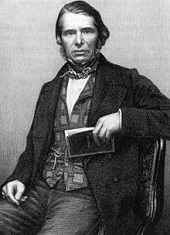










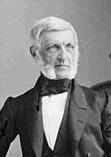

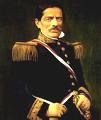





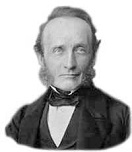









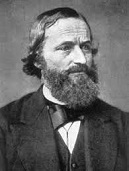
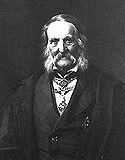

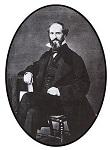







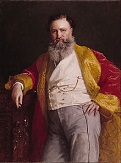

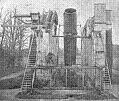
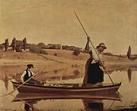
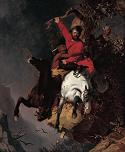
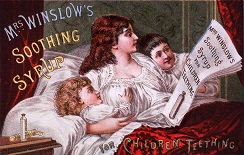

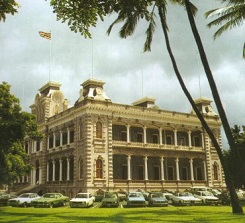

1845 Pop. of Ireland: 8M (vs. 4M in 1800, and 6M in 1850); Potato Late Blight (Phytophthora infestans) imported from the Americas infects potato crops in Ireland, which, combined with the prior reduction from four potato varieties (Black, Apple, Cup, Lumper) to one (Lumper, the least tasty, but most prolific) causes starvation to a large portion of the Irish this autumn and next winter, causing 32K to migrate to Quebec (70K more next year) in "coffin ships", dying of cholera and being buried in mass graves on shore; the avg. Irish person consumes 10 (70?) potatoes a day; there are 65K Irish potato farms of an acre or less; total potato acrage: 6M; total potato production: 15M tons/year, reduced 90% by the famine; British civil servant Sir Charles Edward Trevelyan, 1st Baronet (1807-86), in charge of famine relief slows it down because of hatred of the Irish, claiming he didn't want laissez-faire interfered with while making sure that Irish oats and grain depart on schedule for England despite the Irish starving and sometimes losing their lives trying to seize grain ships, earning their everlasting hatred esp. after he is knighted for it; PM Peel (Potato Peel?) proposes repeal of the Corn Law and importation of Indian corn to make food as cheap as possible, but his cabinet refuses to support him, so he resigns; attempts of Lord John Russell to form a Whig cabinet fail, and Peel returns with a new cabinet pledged to the repeal of the Corn Law. On Jan. 23 (Thur.) Congress decrees that all U.S. nat. elections will be held on the first Tuesday after the first Monday in Nov. of even-numbered years, with pres. elections in years divisible by four; this allows the harvest to be brought in, and nobody has to travel on Mondays, plus it doesn't violate the 30 day period before the electoral college meets on the first Wed. in Dec. On Jan. 29 Edgar Allan Poe's poem The Raven is pub. in the New York Evening Mirror, making him famous; too bad, he stinks himself up by accusing Henry Wadsworth Longfellow of plagiarism, and showing up drunk for a public appearance in Boston. On Mar. 1 outgoing Pres. Tyler signs a resolution to annex the Repub. of Texas, which passes the House by 120-98 and the Senate by 27-25, but Mexico refuses to recognize it and severs diplomatic relations; later, when he becomes a delegate at the Va. Convention approving secession in 1860, Tyler becomes the first U.S. pres. to commit treason? - Tip the Canoe Tyler Do? On Mar. 3 "Sunshine State" Florida (Fla.) is admitted as the 27th U.S. (slave) state (so that Tyler gets credit for it too). The U.S. gets a one-term pig in a polk? On Mar. 4 (Tues.) Pineville, N.C.-born Tenn.-raised math. and classics major at the U. of N.C. (Jacksonian Dem.) James Knox Polk (1795-1849), AKA "Young Hickory", "the Dark Horse President", "the Napoleon of the Stump", "Polk the Plodder", "Polk the Purposeful", "the Last Known Consequential President" (first former Speaker of the House until ?) becomes U.S. pres. #11 (until Mar. 4, 1849) in the 16th U.S. Pres. Inauguration in the East Portico of the U.S. Capitol in Washington, D.C. on a rainy day with morning thunderstorms; the last strong pre-Civil war pres.; the first inauguration reported by telegraph and shown in a newspaper illustration (in The Illustrated London News); former U.S. Sen. from Penn. (1831-3) and U.S. minister to Russia (1837-9) George Mifflin Dallas (1792-1864) becomes the 11th U.S. vice-pres. (until Mar. 4, 1849); Polk's Inaugural Address is delivered in the rain to "a large assemblage of umbrellas" (J.Q. Adams) denounces protective tariffs, nat. banks, and implied powers, and claims title to Oregon; just before his inauguration Polk presents his ever-childless (is she sarah about it?) wife Sarah Childress Polk (1803-91) with a blue-gold Polk Inaugration Fan containing portraits of all 11 U.S. presidents on one side, and the signing of the DOI on the other (shall we shag now, or shall we shag later?); on Mar. 6 Polk appoints "To the victor belong the spoils" (1832 speech) N.Y. gov. (1833-8) William Learned Marcy (1786-1857) as U.S. war secy. #21 (until Mar. 6, 1849), and Penn.-born Robert John Walker (1801-69) as U.S. treasury secy. #18 (until Mar. 6, 1849); Polk writes to Mich. Sen. Lewis Cass discussing his new admin. and jobs, becoming the first U.S. pres. to mark his private papers "private". On Mar. 4 Ky.-born Jefferson Davis (1808-89) is elected to the U.S. House of Reps after marrying Varina Anne Banks Howell (1826-1906), granddaughter of late N.J. gov. Richard Howell on Feb. 26; he then resigns in June to raise a volunteer regiment for the Mexican-Am. War, becoming a col. and later participating in the 1846 siege of Monterrey. On Mar. 6 the Mexican ambassador breaks off relations and leaves for home to protest the annexation of Texas. On Mar. 10 James Buchanan Jr. (1791-1868) of Penn. becomes U.S. secy. of state #17 (until Mar. 7, 1849), becoming the first who never marries (next Condoleeza Rice). On Apr. 10 a fire destroys a third of Pittsburgh, Penn., causing $6M-$12M in damage. On Apr. 18 the term "Jack Mormon" is coined in The Ottawa Free Trader to mean somebody who is "friendly to the Mormons, but not one himself"; it was first used to refer to sympathetic Democrats in Jackson County and/or Clay County, Mo. back in 1834?; the term evolves to mean a baptized Mormon who is lapsed but still friendly toward the LDS Church, or somebody of Mormon descent who was never baptized and/or is nonreligious, and/or a nominal Mormon who likes to sin. On Apr. 20 Gen. Ramon Castilla y Marquesado (1797-1867) (a mestizo) becomes pres. #12 of Peru (until Apr. 20, 1851), and begins reforms incl. abolition of black slavery, construction of railroads, and later, telegraph lines. A mini-Titanic 70 years early, caused by the uncanny British knack for arrogant refusal to provide backup equipment? On May 19 British Royal Navy officer Sir John Franklin (1786-1847) (lt.-gov. of Van Diemen's Land in 1837-43) begins an expedition to discover the elusive Northwest Passage in two British ships, HMS Terror (converted warship used in the War of 1812) and HMS Erebus, with a total of 129 crew; the well-financed expedition fits the ships with steel-plated hulls, locomotive-type steam engines and hot water heat, and enough food and rum for 3-5 years; too bad, the 20-ft. pack ice proves too thick, the water freezes in -100 F weather, the food cans are sealed with lead solder in them, and the 5 tons of lime juice loses its Vitamin C potency in a few years, causing scurvy; worse, there are no backup plans for escape on foot, and no sleds or hunting-fishing equipment; whalers spot the ships in Baffin Bay in the fall, the crew in good spirits as they head into the Arctic; after heading S through Peel Sound the ships get stuck in King William's Sound in Sept. 1847, find themselves in a 5-year stretch without any summer ice melting, and after three years where some resort to cannibalism, the survivors head south on foot, dying one by one of starvation and exposure; only a few graves are later discovered, along with a stone cairn containing a note recording Franklin's death on June 11, 1947; meanwhile the stupid British govt. refuses to send search expeditions until they're already dead, then disbelieves reports from Inuits that they were turning black from scurvy, frostbite, and lead poisoning, and in the "last resort" of cannibalism; after the British public is shocked by the loss, and Lady Jane Franklin spurs them on, search expeditions continue until 1859, leaving a mystery for 150 years until the pieces are put together - hello, mommy? On May 23 Spain adopts a new 1845 Spanish Constitution (#5), restoring the 1834 Estatuo Real. On June 18 a UFO is sighted over the Mediterranean Sea near Malta. In the summer the oomycete Phytophthora infestans, responsible for potato blight arrives in Antwerp, Belgium, quickly spreading through the Low Countries and W Europe. On July 4 Congress authorizes a new U.S. flag with 27 stars (design #9), incl. Fla. On July 4 (Fri.) after building it in Mar. (cost: exactly $28.12 1/2), Henry David Thoreau (1817-62) moves to smooth-as-glass Walden Pond, Mass. (in Middlesex County near Concord) to "live deliberately" in a self-built cabin on Ralph Waldo Emerson's property for 26 mo. (until Sept. 6, 1847), going on to blow his own self-reliant horn in Walden, or Life in the Woods (1854) - the RV hadn't been invented yet? On July 4 the Texas Convention of 1845, presided over by former Tex. Supreme court chief justice (1838-40) Thomas Jefferson Rusk (1803-57) accepts the offer of U.S. statehood, agreeing to pay its own war debt and reserving the option of subdividing into as many as five states; on Oct. 13 Texas voters ratify the annexation along with a new 1845 Tex. Constitution (amended in 1861, 1866, 1869, and 1876), and on Dec. 29 "Lone Star State" Texas (Tex.) is admitted as the 28th U.S. (slave) state, with a provision for dividing it into five states, but the Mexicans don't take this lying down, and border disputes cause war to loom; the U.S. claims the Rio Grande River as the boundary, while Mexico claims the Nueces River farther N; in July Pres. Polk sends Gen. "Old Rough and Ready" Zachary Taylor (1784-1850) to the Nueces River to meet Mexican troops massing there and defend the territory of the new state of Texas; the hot-to-trot independent state of Texas (Tex.) has 100K whites and 35K black slaves. In July the eastern newspaper United States Mag. and Democratic Review first mentions the term "Manifest Destiny" as a rationale for annexation of Texas by the Polk admin. in an article by editor John Louis O'Sullivan (1813-95): "The American claim is by right of our manifest destiny to overspread and to possess the whole of the continent which Providence has given us for the development of the great experiment of liberty and federative self-government entrusted to us"; "Our manifest destiny is to overspread the continent allotted by Providence for the free development of our yearly multiplying millions." In July Pres. Polk renews the U.S. offer to set the northern boundary of Oregon at the 49th parallel, but British minister Richard Pakenham rejects it, causing Polk to withdraw it and revert to claiming all of the territory up to the 54-40 line. On Oct. 10 the U.S. Naval Academy ("Canoe U.") is founded at Ft. Severn in Annapolis, Md. ("Crab Town on the Bay") by U.S. Navy secy. #17 (1845-6) George Bancroft (1800-91), with cmdr. Samuel Francis du Pont (1803-65) as dir. #1, leading seven profs. and 50 midshipmen. On Oct. 19 English Anglican prelate John Henry Newman is officially received into the Roman Catholic Church - I'm going to say yes to what? On Oct. 17 Pres. Polk writes U.S. consul Thomas O. Larkin in Monterey, Calif. that "If the people should desire to unite their destiny with ours, they would be received as brethren." On Dec. 3 the U.S. Treasury Report of 1845, prepared by treasury secy. #18 (1845-9) Robert John Walker (1801-69) becomes the most powerful attack on protectionism ever made in an official U.S. document. On Dec. 11 the Swiss Sonderbund for the protection of the seven Catholic cantons of Freiburg, Lucerne, Schwyz, Unterwalden, Uri, Valais, and Zug is formed to combat organized armed bands from the liberal cantons - now both sides are ready to rock? In Dec. Mexican pres. Joaquin Herrera is overthrown by hardliner Gen. Mariano Paredes y Arrillaga (1797-1849) - no one can do what countrywide can? In Dec. Pres. Polk gives his First Annual Message to Congress, in which he claims all of Oregon for the U.S. up to the 54-40 line, and asks for and gets permission to give a year's notice of the ending of joint occupation, reinventing the Monroe Doctrine with a statement that "The people of this continent alone have the right to decide their own destiny". In Dec. the First Anglo-Sikh War begins in Mudki, Punjab between British and Sikh forces (ends 1846). A liberal revolt in Hondora is defeated. Spanish pretender Don Carlos Maria resigns his claims in favor of his son Infante Don Carlos Luis (1818-61). A conservative coup in Nicaragua backed by troops from Salvador and Honduras ends the liberal govt., and makes Jose Leon Sandoval (1789-1854) pres. next year (until 1853) - we're so back and so ravin'? Ang Duong becomes king of Cambodia for the 2nd time (until 1860). Samuel Nelson (1793-1873) of N.Y. (Feb. 27) (until Nov. 28, 1972) and N.H.-born (Dartmouth grad.) Levi Woodbury (1789-1851) (Sept. 23) (until Sept. 4, 1851) are appointed as the 28th and 29th U.S. Supreme Court justices to replace Smith Thompson (1823-43), Henry Baldwin (1830-44) and Joseph Story (1812-45), leaving the court at a short eight members. John C. Fremont's reports on his pathfinding expeditions are pub. by Congress, exciting easterner interest; meanwhile his band of 60 frontiersmen begin engaging in "extremely mysterious" conduct, "flitting about the country with an armed body of men... regarded with suspicion by everybody (John A. Sutter); they are ordered out of the Salinas Valley by the Mexican commandant at Monterey, and head for Oregon. Josiah Quincy III retires as pres. of Harvard College (since 1829), becoming known as its "great organizer", and Whig politician Edward Everett (1794-1865) (first U.S. citizen to receive a Ph.D) succeeds him (until 1849); meanwhile Josiah Quincy Jr. (1802-82), 4th in the line of Mass. Quincys of Quincy I (b. 1709), Quincy II (b. 1744) and Quincy III (b. 1772) becomes mayor of Boston (until 1849), continuing the dynasty of education-oriented politicians, going on to found the Mass. Board of Education. David Levy Yulee (1810-86) becomes the first Jewish U.S. Sen. (D-Fla.) (1845-51, 1855-61), supporting slavery and adopting a Christian lifestyle; in 1852 Judah Benjamin becomes the first Jewish U.S. Sen. who stays Jewish. Russian Tsar Nicholas I forbids Jews to wear payot (sidelocks). La. reverts to parishes for local govt. after the counties overlaid on the old Spanish parishes after the 1803 La. Purchase prove unpopular. Aruba becomes part of the Netherlands Antilles. In 1845 Kamehameha III moves his royal court from Lahaina on Maui to Honolulu (Hawaiian "sheltered harbor", "calm port") on Oahu (modern-day pop. 350K/950K), modernizing it and turning it into a major commercial center, making 'Iolani Palace the official royal residence; he allows commoners to own land in Makawao in E Maui on the NW slope of Haleakala, causing vast sugar cane plantations and ranches to be built; Baldwin Ave. becomes a retail center. Kodaikanal (Tamil "Gift of the Forest") in Tamil Nadu, India is founded as a refuge from the sweltering plains, becoming a popular tourist destination. A group of Boston industrialists led by former U.S. Rep. (Whig-Mass.) (1835-7) Abbott Lawrence (1792-1855) found the town of Lawrence, Mass. on the Merrimack River 25 mi. NNW of Boston (modern-day pop. 80K) on land purchased from Andover and Methuen as a site for manufacturing plants; it is incorporated as a town in 1847, and as a city in 1853; it later becomes the childhood home of poet Robert Frost. Mich. moves its state capital from Detroit to Lansing. The New York Muncipal Police is founded by the N.Y. Legislature via the Municipal Police Act, recruiting 1.2K mainly fresh-off-the-boat Irish immigrants, with George Washington Matsell (1811-77) (who organized night patrols along the riverfront and lobbied for it) as police commissioner #1, becoming known for massive corruption. Prince Carl (Karl) of Solms-Braunfels (1812-75) settles New Braunfels, Tex. on the Guadalupe River with 150 families, becoming the first German emigrant colony in Tex., and the start of a planned New Germany. The Museum of Civilization is founded in Gatineau, Quebec, Canada to display aboriginal folk art. The Casa del Habano in Cuba begins manufacturing fine cigars. The White Star Line is founded by Thomas Henry Ismay, becoming known for fine ships. David Octavius Hill (1802-70) begins producing the first artistic photo portraits. Victor Hugo flops from Bonapartist to royalist back to Bonapartist, and is created a peer of France by Louis Philippe; in 1848 he goes Socialist, and becomes a rev. member of the constituent assembly. A Photo of a Clean-Shaven Abraham Lincoln (2nd earliest known photo) shows him holding an un-PC anti-slavery newspaper. The Padua-Venice railway is built, one of the first in Italy. The Portland Vase, a famous Grecian urn that was maliciously destroyed, is completely restored - after an accident you can't always trust the insurance companies to make things right? Glasgow Academy in Scotland near the Kelvin River is founded. Baylor U. in Waco, Tex. on the banks of the Brazos River is founded by the Union Baptist Assoc. after a suggestion by Ky.-born Judge Robert Emmett Bledsoe Baylor (1793-1874), becoming the first univ. in Tex. Magee College in Londonderry, Ireland is founded. The Royal College of Chemisty is founded in London, England by chemist Robert Warington (1807-67) et al., merging with the Royal School of Mines in 1852 and becoming the first constituent college of Imperial College London before closing in 1872. Alpha Sigma Phi Fraternity is founded at Yale U. by Louis Manigault (son of Charles I), Stephen Ormsby Rhea, and Horace Spangler Weiser, becoming the 10th oldest fraternity in the U.S.; members are rewarded with membership in Skull & Bones and Scroll & Key. Brunswick Corp. (originally Brunswick Manufacturing Co.) is founded on Sept. 15 in Cincinnati, Ohio by Swiss-born John Moses Brunswick (1819-86) to make carriages, expanding to billiard tables, then in 1888 to bowling equipment, popularizing the sport throughout the world, later expanding to automobile tires, phonograph records et al., introducing the fully-automated Brunswick Model A Mechanical Pinsetter for bowling alleys in 1955, reaching $3.7B annual sales by 2011. On July 14 gelatin-free Twizzlers brand licorice twists are introduced by Young and Smylie; in 1902 it merges with S.V. & F.P. Schudder and H.W. Petherbridge to form Nat Licorice Co., opening a plant in Montreal, Canada in 1908 and adopting the Twizzler brand name in 1929; in 1968 it is renamed Y&S Candies Inc.; in 1977 it is acquired by Hershey Co., who expands the line to cherry, strawberry, chocolate, and watermelon flavors, and experiments with shapes and sizes. Sports: The Knickerbocker Baseball Club of New York City, founded in 1842 by Alexander Joy Cartwright II (1820-92) (which plays at 47th Ave. and 27th St.) codifies the rules of Am. baseball, played on a diamond-shaped field with bases 90 ft. apart, three strikes per out, three outs per inning, and the first team to score 21 wins after equal numbers of innings are played by both sides; home base and batter's plate are separate, there is a fourth baseman, and pitching must be done underhand; foul balls are considered strikes; a fair or foul ball caught on the fly or the first bounce is an out, although base runners can advance on a first bounce catch; the first competitive baseball game is played next June 19, and the Knickerbockers lose to the New York Nine 23-1. The Oxford-Cambridge boat race moves from Henley-on-Thames to Putney. Happy Valley Racecourse in Hong Kong is built, holding its first horserace next Dec.; originally for the British pop. only, it causes the Chinese pop. to become interested in horseracing. Architecture: On Feb. 15 the Kroll Opera House in Berlin opens. A hotel in Boston, Mass. becomes the first U.S. bldg. to be warmed by steam heat. The Dunbrody Famine Ship is built in New Ross, County Wexford, Leinster, Ireland for the Graves family, going on to carry thousands of emigrants to North Am. Inventions: On Mar. 17 the first Rubber Band made of vulcanized rubber is patented by Stephen Perry of London, England. The first submarine cable is laid across the English Channel. Sir William George Armstrong (1810-1900) of England patents a hydraulic crane driven by a piston engine. Erastus Brigham Bigelow (1814-79) of the U.S. invents a power loom for carpet manufacturing, going on to turn Clinton, Mass. into a manufacturing center. Am. Tom Thumb builder Peter Cooper (1791-1883) patents a gelatin dessert which in 1897 is marketed as Jell-O. Joshua Heilman (1796-1848) of France patents a machine for combing cotton and wool. Am. inventor Elias Howe (1819-67) invents the modern high-speed Sewing Machine ("the queen of inventions"), with eye-pointed needle, two strands of thread, and a shuttle lock stitch process, receiving a patent next Sept. 10, and quickly revolutionizing the shoe, boot, and textile industries, dropping the labor for a man's dress shirt from 14 to 1.25 hours, and for a woman's dress from 10 to 1 hour; after failing to stir interest in the U.S., he goes to England and sells several to a corset maker, then returns to find that his idea has caught on but his patents were stolen blind, causing him to consume years in litigation with Isaac Merritt Singer (1811-75), Wheeler & Wilson, Grover & Baker, et al., making his lawyers rich, although he gets rich too; in 1856 he and the four other leaders form the Sewing Machine Combination, which controls the industry until their patents expire in 1877, making him and Singer millionaires with the first mechanical device to enter homes, helped by the hire-purchase (installment) plan introduced by Singer, who sells 43K machines a year by 1867 (5K more than #2), growing to 1M a year by the year 1900. British engineer William M'Naught invents a compound steam engine. Robert William Thomson (1822-73) of England invents the rubber pneumatic tire for bicycles, patenting it in 1847. Mrs. Winslow's Soothing Syrup begins production by Benjamin Perkins, a suspension of morphine in alcohol devised by Albion, Maine nurse midwife Mrs. Charlotte Winslow, mother of Lucy Winslow, wife of Perkins' partner Curtis; it goes on to be marketed worldwide, killing babies with morphine ODs, selling 1.5M bottles/year by 1868 at $25/bottle; in 1880 it becomes the Anglo-Am. Drug Co.; the 1906 U.S. Pure Food and Drug Act requires medicine labels to disclose their ingredients, hurting sales until the 1914 U.S. Harrison Act regulates opiates, causing morphine to be dropped from the formula and the word "Soothing" to be taken from its labels; it is not discontinued until the 1830s. Science: Dutch scientist Christoph Hendrik Diederik Buys Ballot (1817-90) first tests the brand new Doppler Effect by having an orchestra of trumpeters perform in an open railroad car as it speeds through the countryside on the Utrecht-Amsterdam line. Thomas Henry Huxley (1825-95) is admitted to the British Royal College of Surgeons, then next year becomes asst. surgeon on HMS Rattlesnake, touring Australasian waters until 1850, where he becomes an expert on the Medusa family of jellyfish and formulates the zoological class of Hydrozoa, connecting the two germ layers in the class with those in embryological stages of higher animals. German physicist Gustav Robert Kirchhoff (1824-87) proposes Kirchhoff's Circuit Laws, generalizing the work of Georg Simon Ohm and preparing the way for the work of James Clerk Maxwell; meanwhile his teacher, German physicist Franz Ernst Neumann (1798-1895) pub. a mathematical justification of the law of electromagnetic induction. Hermann Kolbe (1818-84) of Germany synthesizes acetic acid. In an effort to verify the stories in the Bible, British archeologist Sir Austen Henry Layard (1817-94) begins excavating the ruins of Nimrud (Calah) S of Mosul on the banks of the Tigris River in N Iraq, discovering the palace of Shalmaneser III (r. -859 to -824) along with the Nimrud Ivories, going on to reveal a non-Biblical civilization that existed long before the Bible was allegedly written, with the first known stories of a global flood complete with ark; in 1847 he discovers the lost ancient Assyrian capital of Nineveh N of Mosul, Iraq (destroyed in 612 B.C.E. by the Babylonians and Medes) on the Mound of Kuyunjik (ancient Mespila) (site of an Islamic shrine and cemetery), and in 1851 uncovers the lost royal Library of Assurbanipal (7th cent. B.C.E.), filled with thousands of clay tablets, incl. the Epic of Gilgamesh, sending 24K fragments to London, where they are displayed during the 1851 London Grand Exhibition and start an Assyrian fashion craze; too bad, he jumbles the tablets, making later reconstruction of their texts impossible; other discoveries made between 1842-54 by Layard and Sir Henry Creswicke Rawlinson (1810-95) of Britain, Mosul consul Paul-Emile (Paul-Émile) (Paolo Emiliano) Botta (1802-70) and Victor Place (1818-75) of France, and ethnic Assyrian Hormuzd Rassam (1826-1910) of Mosul in Nineveh, Sharrukin, and Calah slowly uncover the existence of the heretofore unknown ancient Sumerians, starting with Rawlinson independently deciphering the Behistun Stone last year; Irish clergyman Edward Hincks (1792-1866) determines that some of the Akkadian cuneiform inscriptions are in a non-Semitic language, which is later (1869) determined to be Sumerian; too bad, in 1855 Botta's successor Victor Place tries to send 235 cases of artifacts to Basra en route to Paris, but pirates ram the main barge and sink it, and only some rafts survive, the contents ending up in the Louvre and British Museum. W.A. Miller invents Spectral Analysis using colored flames, but his work is largely ignored because the alcohol flames used are too weak. Yorkshire-born Anglo-Irish astronomer William Parsons, 3rd Earl Rosse (1800-67) begins building a 72-in. telescope called the Leviathan of Parsonstown (finished 1847) in Birr Castle, Parsonstown, County Offaly, Ireland to replace his 36-in. telescope, becoming the world's largest until ?; he discovers the Whirlpool Galaxy (M51), the first spiral galaxy, and names the Crab Nebula. Friedrich Wohler extracts pure metallic element Aluminum (Al) (#13) from clay. Nonfiction: Jules Barbey d'Aurevilly (1808-89), On Dandyism and George Brummell. Ferdinand Christian Baur (1792-1860), Paulus, der Apostel Jesu Christi, Sein Leben und Wirkin, Seine Briefe und Seine Lehre (St. Paul, His Life and Work, Epistles and Writings); claims that the Acts of the Apostles was not written by the same author as the epistles to the Romans, Galatians, and Corinthians. Thomas Carlyle (1795-1881), Oliver Cromwell's Letters and Speeches. Arthur Cayley (1821-95), Theory of Linear Transformations. Auguste Comte (1798-1857), Traite d'Astronomie Populaire. Dorothea Dix (1802-87), Prisons and Prison Discipline - life is full of hassles, prison shouldn't be one of them? Frederick Douglass (1817-95), Autobiography of Frederick Douglass; bestseller by a former Southern Am. slave. Charles Dunoyer (1786-1862), De la Liberte du Travail (On the Freedom of Labor). Friedrich Engels (1820-95), The Condition of the Working Class in England (Leipzig); written in Manchester, England in Sept. 1844-Mar. 1845, where he witnessed "the most unconcealed pinnacle of social misery in our day" incl. child labor and degrading working conditions, making a fan of Karl Marx. Sarah Margaret Fuller (1810-50), On Woman in the Nineteenth Century; argues for equal rights and independence for women. Alexander von Humboldt (1769-1859), Kosmos (Cosmos) (5 vols.) (1845-62); bestseller retracing the history of science and showing its Greek origins, claiming that contemplation of the beauty of the Cosmos holistically viewed as a single entity gives one a superior outlook on life; too bad, he taints it with Romanticism?; "It was the discovery of America that planted the seed of the Cosmos." Capt. Alfred Hutton (1839-1910), Infantry Sword Exercise; becomes std. British army textbook for 50 years. James Prescott Joule (1818-89), On the Mechanical Equivalent of Heat (read before the Royal Society); gives the final result that 772 ft.-lb. of work produces enough heat to warm 1 lb. of water by 1 deg F, i.e., 4.154 Joules per calorie. Soren Kierkegaard (1813-55), Stages on Life's Way (Stadier paa Livetsvej); criticized by Peder Ludvig Moller, causing him to respond with Activity of a Traveling Esthetician and Dialectical Result of a Literary Police Action, which backfire, causing Moller to attack him personally in The Corsair, making fun of his many oddities, resulting in hounding on the streets, making him bitter and causing him to begin attacking "Christendom" (the Danish state church). Heinrich Laube (1806-84), Dramatische Werke (10 vols.) (1845-75). Karl Marx (1818-83) and Friedrich Engels (1820-95), Holy Family. William Hamilton Maxwell (1792-1850), History of the Irish Rebellion. Augustus De Morgan (1806-71), The Globes, Celestial and Terrestrial. Gen. Sir William Francis Patrick Napier (1785-1860), The Conquest of Scinde; written after his brother Gen. Sir Charles James Napier (1782-1853), CIC of British troops in India conquers Sindh in 1843. Mordecai Manuel Noah (1785-1851), Discourse on the Restoration of the Jews; calls on Americans to take the lead in helping Jews return to Israel. Lady Hester Stanhope (1776-1839), Memoirs of the Lady Hester Stanhope as Related by Herself in Conversations With her Physician Dr. Meryon (posth.). Louise Adolphe Thiers, Histoire du Consultat et de l'Empire. Wilhelm Weitling (1808-71), Der Evangelium eines Armen Sunders (The Poor Sinner's Gospel); traces Communism to 1st cent. Christianity, impressing Jewish brain man Karl Marx. Music: W.H. Fry (1813-64), Leonora (opera) (Philadelphia). Albert Lortzing (1801-51), Undine (opera) (Magdeburg). Giuseppe Verdi (1813-1901), I Due Foscari (opera) (Nov. 3) (Teatro Argentina, Rome); Alzira (opera) (Aug. 12) (Teatro San Carlo, Naples); based on Voltaire's play "Alzire, ou les Americains". Richard Wagner (1813-83), Tannhauser (Tannhäuser) und der Sangerkrieg (Sängerkrieg) auf Wartburg (Tannhauser and the Singers Contest in Wartburg) (opera) (Royal Theater, Dresden) (Oct. 19); German troubador (Minnesanger) is lured by Venus to Venusberg beneath a mountain in Thuringia, leaving his loving Elizabeth; when he breaks away from her spell he goes to Rome to unsuccessfully seek the pope's forgiveness, then returns to find that Elizabeth has died of despair, after which he dies. Art: George Caleb Bingham, Fur Traders Descending the Missouri. Thomas Couture (1815-79), Love of Money. Charles Deas (1818-67), The Death Struggle; white man vs. Indian. Jean Auguste Dominique Ingres (1780-1867), La Comtesse d'Haussonville. Jean Louis Ernest Meissonier (1815-91), The Guard Room; Young Man Viewing Drawings; A Game of Piquet. William Sidney Mount (1807-68), Eel Spearing at Setauket. Plays: Dion Boucicault (1820-90), Old Heads and Young Hearts. Alexandre Dumas pere (1802-70), La Reine Margot. Johan Ludvig Heiberg (1791-1860), The Nut Crackers; gets him a job as dir. of the Nat. Theater in Copenhagen (1847-54). Henrik Hertz, King Rene's Daughter. Heinrich Laube, Monaldeschi (tragedy). Poetry: Janos Arany (1817-82), The Lost Constitution (satire); written by a notary in Salonta, Hungary, exposing the absurdity of local officials, and wins a prize, kicking off his poetry career. Robert Browning (1812-89), Dramatic Romances and Lyrics; incl. The Laboratory, How They Brought the Good News from Ghent to Aix, The Bishop Orders His tomb at Saint Praxed's Church. Henry Wadsworth Longfellow (1807-82), The Belfry of Bruges and Other Poems; The Rainy Day; "Into each life some rain must fall"; written at the Wadsworth House in Portland, Maine (built 1785). James Russell Lowell (1819-91), A Year's Life (debut); dedicated to his future wife. Edgar Allan Poe (1809-49), The Raven and Other Poems; "Once upon a midnight dreary,/ as I pondered weak and weary"; Lenore? Johan Sebastian Welhaven (1807-3), New Poems. Novels: Honore de Balzac (1799-1850), Les Paysans (1845-55). Benjamin Disraeli (1804-81), Sybil, or The Two Nations. Alexandre Dumas pere (1802-70), Vingt ans Apres (Twenty Years After); sequel to "The Count of Monte Cristo"; Johnson Jones Hooper, Some Adventures of Captain Simon Suggs; his motto is: "It is good to be shifty in a new country." Charles James Lever (1806-72), The O'Donoghue; Arthur O'Leary. Prosper Merimee (1803-70), Carmen; about a cigarette girl from Seville in a factory in Andalusia who seduces govt. official Don Jose t o help her smuggler family, causing him to go bad; at the end she hurls her ring at him, and he stabs her; based on Maria Manuela Kirkpatrick, Countess Montijo (1794-1879) of Spain, whom he met in 1830, coaching her daughter Eugenie during her courtship by Napoleon III while opposed to their marriage; when she becomes empress Eugenie in 1853, he is made a senator; in 1875 the opera by Georges Bizet debuts. Edgar Allan Poe (1809-49), Tales; The Facts in the Case of M. Valdemar; based on attending the mesmerism lectures of Andrew Jackson Davis (1826-1910). George Sand (1804-76), Le Meunier d'Angilbault. Jules Sandeau (1811-83), Catherine. Daniel Stern (Comtesse d'Agoult) (1805-76), Nelida (Nélida). Births: Italian archeologist Rodolfo Amedeo (Amadeo) Lanciani (d. 1929) on Jan. 2 in Rome. Russian foreign minister (1900-6) (gay?) Count Vladimir Nikolayevich Lamsdorf (d. 1907) on Jan. 6 (Dec. 25 Old Style) in St. Petersburg. Bavarian king (last) (1913-18) Ludwig III (Ludwig Luitpold Josef Maria Aloys Alfried) (d. 1921) on Jan. 7 in Munich; eldest son of prince Luitpold and Italian-speaking Archduchess Augusta of Austria (daughter of Grand Duke Leopold II of Tuscany); grandson of Ludwig I; direct descendant of Louis XIV of France and William I the Conqueror of Britain; father of Crown Prince Rupprecht (1869-1955). British viceroy of India (1880-3) and gov.-gen. of Canada #5 (1883-8) Henry Charles Keith Petty-Fitzmaurice, 5th Marquis of Lansdowne, 6th Earl of Kerry (d. 1927) on Jan. 14 in London. Am. rear adm. (capt. of the USS Maine) Charles Dwight Sigsbee (d. 1923) on Jan. 16 in Albany, N.Y. Am. automobile pioneer Thomas Buckland Jeffery (d. 1910) on Feb. 5 in Stoke, Devon, England; emigrates to the U.S. in 1863; starts out making telescopes, then switches to bicycles, finally automobiles. Irish political economist Francis Ysidro Edgeworth (d. 1926) on Feb. 8 in Edgeworthstown, County Lonford; Catalonian mother; educated at Trinity College, Dublin, and Balliol College, Oxford U. Am. Johnson & Johnson co-founder Robert Wood Johnson I (d. 1910) on Feb. 15 in Carbondale, Penn.; brother of Edward Mean Johnson (1952-) and James Wood Johnson (1856-); father of Robert Wood Johnson II (1893-1968). Am. Repub. politician-statesman, U.S. war secy. #41 (1899-1904), and secy. of state #38 (1905-9) Elihu Root (d. 1937) on Feb. 15 in Clinton, N.Y.; educated at Hamilton College. Am. "Tent Life in Siberia" explorer George Kennan (d. 1924) on Feb. 16 in Norwalk, Ohio; cousin twice removed of George Frost Kennan (1904-2005). German transfinite mathematician Georg Ferdinand Ludwig Philipp Cantor (d. 1918) on Mar. 3 in St. Petersburg, Russia; educated at the U. of Berlin, and U. of Gottingen - it's just my imagination running away with me? German botanist Wilhelm Friedrich Philipp Pfeffer (d. 1920) on Mar. 9 in Grebenstein. Russian Romanov tsar #17 (1881-94) Alexander III Alexandrovich (d. 1894) on Mar. 10 in St. Petersburg; 2nd son of Alexander II (1818-81) and Princess Marie of Hesse and by Rhine (Maria Alexandrovna) (1824-80); grand-nephew of Alexander I (1777-1825); father of Nicholas II (1868-1918); known for his great size and strength and peasant roughness. Am. Dem. Okla. gov. #3 (1893-7) William Cary Renfrow (d. 1922) on Mar. 15 in Smithfield, N.C. German X-ray physicist Wilhelm Conrad (Konrad) Roentgen (Röntgen) (d. 1923) on Mar. 27 in Lennep, Prussia; educated at the U. of Zurich. Am. Steamboat Springs founder James Harvey Crawford (d. 1930) on Mar. 30 near Sedalia, Mo. French diplomat Jules-Martin Cambon (d. 1935) on Apr. 5 in Paris. Austrian conductor William Gericke (d. 1925) on Apr. 18 in Schwanberg. Swiss "Olympic Spring" poet Carl Friedrich Georg Spitteler (d. 1924) on Apr. 24 in Liestal, Baselland Scottish surgeon ("Father of Gynecology") Robert Lawson Tait (d. 1899) on May 1 in Edinburgh; collaborator of J. Marion Sims (1813-83). English mathematician William Kingdon Clifford (d. 1879) on May 4. French composer Gabriel Faure (Fauré) (d. 1924) on May 12 in Pamiers; teacher of Maurice Ravel (1875-1937). Russian microbiologist (Jewish) Ilya Ilyich "Elie" Mechnikov (d. 1916) on May 16 near Kharkov (Kharkiv), Ukraine; mother is Jewish and father is Russian Imperial Guard officer; discoverer of phagocytosis (microbes that eat other microbes); both wives die from disease, causing him to attempt suicide 2x; meanwhile he drinks sour milk every day for his health. Am. lt. gen. Arthur MacArthur Jr. (d. 1912) on June 2 in Mass.; father of Douglas MacArthur (1880-1964). Hungarian violinist-conductor-composer (mainly in Russia) Leopold Auer (d. 1930) on June 7 in Veszprem. Irish "Hurrish" writer (lesbian) Emily Lawless (d. 1913) on June 17 in Ardclouch, County Kildare. English art-lit. critic Sir Sidney Colvin (d. 1927) on June 18 in Norwood; educated at Trinity College, Cambridge U.; makes friends with Robert Louis Stevenson in 1873. French protozoan-hunting physician-pathologist Charles Louis Alphonse Laveran (d. 1922) on June 18 in Paris. Am. Civil War Confed. soldier Thomas C. "Tom" Dula (d. 1868) on June 22 in Wikes County, N.C. Hungarian painter-politician Pal Szinyei Merse (Paul von Szinyei-Merse) (d. 1920) on July 4 in Szinyeujfalu (Chminianska Nova Ves, Slovakia). English geologist Sir George Howard Darwin (d. 1912) on July 9 in Down House, Down, Kent; 2nd son of Charles Darwin (1809-82) and Emma Darwin (1808-96); brother of Sir Francis Darwin (1848-1925); educated at Trinity College, Cambridge U.; knighted in 1905. Scottish Liberal MP-sculptor (gay) Lord Ronald Charles Gower (Sutherland-Leveson-Gower) (d. 1916) on Aug. 2; educated at Eton College, and Trinity College, Cambridge U.; lover of Frank Hird; "Frank may be seen, but not Hird." (Oscar Wilde). Am. Unity Church co-founder Mary Caroline "Myrtle" Page Fillmore (d. 1931) on Aug. 6 in Pagetown, Ohio; wife (1881-) of Charles Sherlock Fillmore (1854-1948). English children's artist Walter Crane (d. 1915) on Aug. 15 in Liverpool. French physicist-inventor (Jewish) Jonas Ferdinand Gabriel Lippmann (d. 1921) on Aug. 16 in Bonnevoie, Luxembourg. French "Famous Benefactor" Zionist banker (Jewish) Baron Edmond Benjamin James de Rothschild (d. 1934) on Aug. 19 in Boulogne-sur-Seine, Paris. Bavarian "mad king" (1864-86) (bi) Ludwig II (Marchenkoenig) (Fairy-Tale King) (Swan King) (d. 1886) on Aug. 25 in Nymphenburg Castle, Munich; eldest son of Maximilian II (1811-64) and Princess Marie of Prussia (1825-89). French scientist Jean Maurice Emile Baudot (d. 1903) on Sept. 11 in Magneux, Haute-Marne; inventor of Internat. Telegraph Code No. 1. Am. brewing instructor John Ewald Siebel (d. 1919) on Sept. 17 near Wermelskirchen, Dusseldorf; educated at the U. of Berlin; emigrates to the U.S. in 1866. English philologist-Assyriolgist Rev. Archibald Henry Sayce (d. 1933) on Sept. 25 in Shirehampton, Bristol; educated at Queen's College, Oxford U. English astronomer Sir William Henry Mahoney Christie (d. 1922) on Oct. 1; educated at King's College, London, and Trinity College, Cambridge U. German caricaturist Adam Adolf Oberlander (Oberländer) (d. 1923) on Oct. 1 in Ratisbon. Italian poet Olindo Guerrini (d. 1916) on Oct. 14 in Forli; grows up in Sant'Alberto, Ravenna; writes under aliases Lorenzo Stecchetti, Argia Sbolenfi, Marco Balossardi, Giovanni Dareni, Pulinera, Bepi, and Mercutio. Indian lt. gen. and maharaja (1902-11) Prap Singh of Idar (d. 1922) on Oct. 22. English "Notes on a Cellar-Book" lit. critic-journalist and wine connoisseur George Edward Bateman Saintsbury (d. 1933) on Oct. 23 in Lottery Hall, Southampton; educated at King's College School, and Merton College, Oxford U. Portuguese realist novelist Jose Maria Eca de Queiroz (José Maria de Eça de Queirós) (d. 1900) on Nov. 25 in Povoa de Varzim; educated at the U. of Coimbra. English chemist and yachtsman Sir Thomas Edward Thorpe (d. 1925) on Dec. 8 in Harphurey (near Manchester); educated at the U. of Heidelberg. English jurist-historian Sir Frederick Pollock, 3rd Baronet (d. 1937) on Dec. 10; educated at Eton College, and Trinity College, Cambridge U.; brother of Walter Herries Pollock; (1850-1926); father of Frederick John Pollock (1878-1963). Greek king (1863-1913) George I (d. 1913) on Dec. 24; 2nd son of Christian IX of Denmark (1818-1906) and Louise of Hesse (1817-98); brother of Frederick VIII of Denmark (1843-1912), Queen Alexandra of England (1844-1925), Queen Maria Fyodorovna of Russia (1847-1928), Princess Thyra of Denmark (1853-1933), and Prince Valdemar of Denmark (1858-1939). Am. Seattle Daily Times publisher-atty. "Col." Alden J. Blethen (d. 1915) on Dec. 27 in Knox County, Maine; father of Alen J. Blethen (1896-1915). Spanish king (1870-3) Amadeus (Amadeo) I (d. 1890) (prince of Savoy); 2nd son of Victor Emmanuel II of Italy. English painter Charles Burton Barber (d. 1894) in Greater Yarmouth; known for paintings of children and their pets. Am. "Mephistopheles in Faust" actor Lewis Morrison (Morris W. Morris) (d. 1906) in Jamaica, West Indies. U.S. chief justice #9 (1910-21) and assoc. justice #55 (1894-1910) (Roman Catholic) Edward Douglass White Jr. (d. 1921) in Thibodaux, Lafourche Parish, La.; maternal relative of the Lee family of Va.; educated at Georgetown U., and U. of La. (Tulane U.); Confed. soldier in the U.S. Civil War. German art historian Wilhelm von Bode (Arnold William Bode) (d. 1929) on Dec. 10 in Calvorde; knighted in 1914; shifts the center of the German art world from Munich and Dresden to Berlin. Serbian PM (1891-2, 1904-5, 1906-8, 1909-11, 1912-18, 1921-4, 1924-6) Nikola P. Pasic (Pashitch) (Pschitch) (d. 1926) on Dec. 18 in Veliki Izvor (near Zajecar). Am. outlaw William "Curly Bill" Brocius (Brocious) (d. 1882) in Crawfordsville, Ind. Canadian Cree war chief Wandering Spirit (Kapapamahchakwew, Papamahchakwayo, Esprit Errant) (d. 1885). Romanian "Waves of the Danube" composer Ion Ivanovici (d. 1902) in Timisoara. Am. Wild West madame Mattie Silks (Martha A. Ready) (d. 1929) in Kan., Terra Haute, Ind., or Buffalo, N.Y. Am. frontiersman (writer?) Richard W. "Deadwood Dick" Clarke (d. 1930) in Yorkshire, England. Deaths: German field marshal Count Heinrich von Bellegarde (b. 1756) on July 22 in Vienna. British statesman and PM Charles, 2nd earl Grey (b. 1764) on July 17. Dutch philosopher Johannes Kinker (b. 1764). U.S. pres. #7 (1829-37) "Old Hickory" Andrew "Andy" Jackson (b. 1767) at the Hermitage in Tenn. on June 8 (6 p.m.); tells his slaves he'll see them in heaven?; spent his last years worrying about low cotton prices? Swiss scientist Nicolas de Saussure (b. 1767) on Apr. 18. German Romantic poet-critic August Wilhelm von Schlegel (b. 1767) on May 12 in Bonn. English Pears soap inventor Andrew Pears (b. 1770) in London. English divine Sydney Smith (b. 1771) on Feb. 22 in London. Am. architect Asher Benjamin (b. 1773) on July 26 in Springfield, Mass. Am. apple planter Johnny Appleseed (b. 1774) on Mar. 18. U.S. Supreme Court justice (1812-45) Joseph Story (b. 1779) on Sept. 10 in Cambridge, Mass. Am. reaper inventor Robert Hall McCormick (b. 1780) on July 4. English statesman John Charles Spencer, 3rd earl Spencer (Lord Althorp) (b. 1782). English MP Sir Foxwell Buxton, 1st baronet (b. 1786) on Feb. 19. Swedish chemist Nils Gabriel Sefstrom (b. 1787) on Nov. 30 in Stockholm. English humorist Rev. Richard Harris Barham (b. 1788) on June 17 in London. English scientist John Frederic Daniell (b. 1790) on Mar. 13 in London (apoplexy during a meeting of the Royal Society). English boxer "Gentleman" John Jackson (b. 1769) on Oct. 7 in London. English prison reformer Elizabeth Gurney Fry (b. 1780). Argentine pres. (1826-7) Bernardino Rivadavia (b. 1780) on Sept. 2 in Cadiz, Spain. Venezuelan gen. Rafael Urdaneta (b. 1788) on Aug. 23 in Paris, France (exile). Am. mayor #1 of San Antonio, Tex. (1837-8, 1840-1, 1842-4) John Wiliam Smith (b. 1792) on Jan. 12. Prussian-born English Anglican bishop of Jerusalem (1842-5) Michael Solomon Alexander (b. 1799) on Nov. 23 in Belbeis, Egypt; dies en route to England. English poet Thomas Hood (b. 1799) on May 3 in London: "Don't go to weep upon my grave,/ And think that there I be./ They haven't left an atom there/ Of my anatomie"; "There are three things which the public will always clamor for sooner or later: namely, Novelty, novelty, novelty." Norwegian writer Henrik Wergeland (b. 1808) on July 12 in Christiania - the good die young? Irish Young Ireland leader Thomas Osborne Davis (b. 1814) on Sept. 16 in Dublin (scarlet rever). Afghan emir (1842-5) Mohammad Akbar Khan (b. 1816) in Jalalabad.
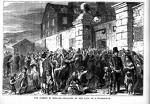
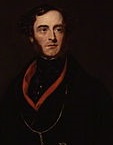











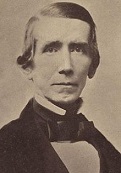




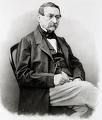


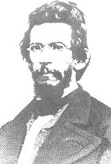




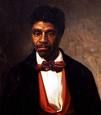


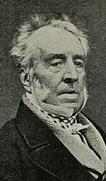

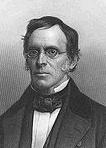
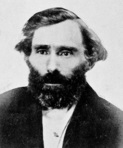



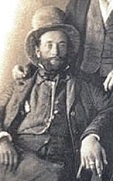



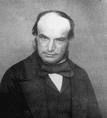


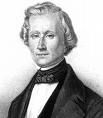








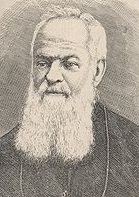

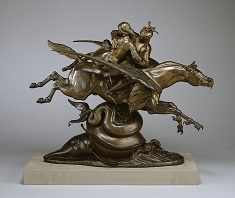

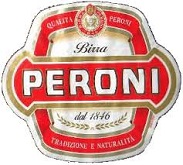
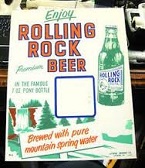
1846 At the start of the year there are about 800 Americans in Calif., plus 8K-12K Californios of Spanish descent. A census in Paraguay gives the pop. as 238,862, plus 20K nomadic Indians; 20% of all households are headed by women caused by peasants and militiamen being forced to work for the state. Famine strikes Europe (until 1847); an economic depression caused by the potato blight (Phytophthora infestans) and other crop failures strikes France (until 1847); all of this creates good hunting for revolutionary recruiters; the Great Irish Potato Famine (Hunger) in Ireland (1845-9) results from the total failure of the potato crop after an exceptionally warm winter (Jan.-Feb.), halving the 8M pop. by 1848, with 1847 (Black '47) being the worst; about 1M die and another 1M emigrate, with the eager assistance of the Roman Catholic-hating English landlords, esp. in County Cork, who forcibly remove whole towns and villages of "disaffected" tenants, incl. Lord Kingston of Fermoy, Stephen Moore, 3rd Earl Mount Cashell (Lord Kilworth) (1792-1883), Lord Doneraile, and Baron Ennismore (Earl of Listowel), packing them off in ships for Quebec, where most die from starvation, smallpox, and typhus on the journey, and those who arrive have to clear forest and build log cabins when they have never used an axe before; others, mainly from Munster and Connacht become navvies working on canals and railroads; Ottoman sultan (1839-61) Abdul Mecid I tries to send 10K sterling to the Irish, but Queen Victoria tells him to only send 1K because she sent only 2K, which doesn't stop him from sending three ships of food to Drogheda - Jesus what? In 1846-7 the District of Columbia Recession sees Congress return a 31 sq. mi. portion of its original 100 sq. mi. 1790 land grant W of the Potomac River to Va., incl. the city of Alexandria and Alexandria County, leaving 68.34 sq. mi. incl. 0.0236 sq. mi. on the W side of the Potomac River called Columbia Island. On Jan. 20 Venezuelan pres. (since 1830) Jose Antonio Paez steps down in favor of Jose Tadeo Monagas (1784-1868) of the Liberal Party (until Feb. 5, 1851), who goes on to abolish capital punishment but sink into nepotism and abuse of power, becoming one of the country's most unpopular presidents. On Jan. 28 using the excuse of ending prolonged internal disorder, the well-ordered British (East India Co.) send the British 16th Lancers under Sir Harry Smith (Henry George Wakelyn Smith) (1787-1860), who defeat the Sikhs under Ranjodh Singh Majithia (-1872) at the Battle of Aliwal, followed on Feb. 10 by the decisive Battle of Sobraon, after which on Mar. 9 they sign Treaty of Lahore, annexing Punjab; they sell Kashmir to Gulab (Ghulab) Singh (1792-1857) of Jammu, who titles himself maharaja (prince) and establishes a permanent tyrannical princedom - for your career starter kit call 1-800-1846-RAJA? In Jan. Pres. Polk orders Gen. Zachary Taylor to lead 4K troops to claim the Rio Grande as the border of Texas, and build Ft. Texas across from the Mexican city of Matamoros at the end of the Rio Grande on the Gulf of Mexico; the U.S. offers to buy a large part of N Mexico, hoping to establish a Pacific port at San Francisco Bay, but Mexico rejects the offer. In Jan. Welsh-born Am. immigrant civil engineer John Plumbe Jr. takes the first photo of the White House. On Feb. 5 Bucknell U. (originally the U. at Lewisburg) is founded in Lewisburg, Penn. by a group of Baptists, and chartered by the Penn. Gen. Assembly. Don't you want me baby, oh-oh-oh? On Feb. 10 1.6K Mormons led by Brigham Young begin their Mormon Exodus (Migration) to the Mexican-controlled Am. West, crossing the frozen Mississippi River in subzero temperatures to a temporary refuge in Sugar Grove, Iowa, sending out a recon team to plan the route across Iowa to the first major stopping point opposite Council Bluffs, Neb. on the Missouri River, digging wells along the way and planting corn; by fall Winter Quarters in modern-day North Omaha, Neb. on the Missouri River is home to 12K Mormons, who suffer a starvation and cholera epidemic that kills 600; in order to get some of their men to the West Coast cost-free, they form the Mormon Battalion of 500 volunteers from Iowa to fight in the Mexican War, and it leaves Council Bluffs on July 20, with Brigham Young giving a speech predicting that none of them will be killed in battle and their only fighting will be with wild beasts; on Dec. 1 the Battle of the Bulls in SE Ariz. results when men hunting for fresh meat cause a herd of angry bulls from an abandoned ranchero to charge their wagons, goring a mule to death and knocking two men down before several are killed to furnish them with fresh but tough meat; the battalion reaches Calif. too late to help with the war, and is disbanded in July 1847, so the prophet proves correct? - vision works, why pay more? On Feb. 12 (Washington's 114th Birthday) the Liberty Bell in Philly cracks so badly that it becomes unringable - the Wipeout Zone just got a little bit better looking? On Feb. 19 the Texas state govt. is formally installed in Austin, Tex., with Lincolnton, N.C.-born atty. James Pinckney Henderson (8108-58) as gov. #1 (until Dec. 21, 1847); on Feb. 21 Sam Houston becomes the first U.S. sen. from Tex. (until Mar. 4, 1859), and goes to Washington, D.C., counseling Pres. Polk against war with Mexico, lobbying for peaceful purchase of western lands, and attending a Baptist church; in Apr. after the Mexican-Am. War breaks out, Henderson takes a leave of absence to command a troop of Texas Rangers with the rank of maj. gen. under Gen. Zachary Taylor. On Feb. 21 emperor (since 1817) Ninko (b. 1800) dies, and on Mar. 10 his 4th son Osahito becomes Komei (1831-67), Japanese emperor #121 (until Jan. 30, 1867), the last Kyoto emperor, and the last pre-modern (not messed up by the West) emperor, opposed to opening Japan up. On Feb. 21 female crusader Sarah George Bagley (1806-83), founder of the Lowell Female Reform Assoc. in 1844, ed. of Voice of Industry in 1845, and crusader for the 10-hour workday becomes the first female telegrapher as she takes charge of the new office in Lowell, Mass.; too bad, she suddenly drops out in 1847 and returns to working in the mills in 1848. On Mar. 4 the Statute of Italy, a new constitution for the kingdom of Italy is promulgated, and the king appoints Count Cesare Balbo (1789-1853) as PM, who begins preparing to kick the Austrians out of N Italy. In Mar. U.S. ambassador John Slidell gives up on his mission to negotiate peace in Mexico City; meanwhile in Mar. Gen. Zachary Taylor uses the Santa Fe Trail and crosses the Nueces River into the disputed area between it and the Rio Grande River near U.S. Ft. Brown (modern day Brownsville, Tex.) (modern-day pop. 183K/420K) (founded in Apr.), the Mexicans cross the Rio Grande into U.S. territory in Apr. under Gen. Mariano Arista (1802-55); on Apr. 25 the Mexicans draw first blood at the Battle of Rancho de Carricitos, killing 11 U.S. soldiers, wounding five, and taking POWs; on May 8 Taylor defeats the Mexicans under Gen. Arista at the Battle of Palo Alto, then again on May 9 at the Battle of Resaca de la Palma near Fort Brown, forcing them back over the Rio Grande to Matamoros on the Gulf of Mexico; Ft. Brown cmdr. Maj. Jacob Brown, is KIA; on May 9 Pres. Polk labels these actions as acts of Mexican aggression and gets the cabinet's approval for his May 11 War Message to Congress, and on May 13 the U.S. declares war on Mexico, beginning the U.S.-Mexican (Mexican-U.S.) (Mexican-Am.) War (ends 1848); the House authorizes a call for 50K volunteers and a war appropriation of $10M, although 27 members vote for an amendment stating that U.S. troops are not approved to move below the Rio Grande River; politically ambitious Whig Gen. "Fuss and Feathers" Winfield Scott (1786-1866) (CIC) of the U.S. army in 1841-61) quarrels with Pres. Polk's secy. of war, causing Polk to withdraw his appointment as cmdr. for the Rio Grande front; when Scott says that he received a letter from the secy. as he "sat down to take a hasty plate of soup", he becomes known as Marshal Tureen; on May 18 Taylor's forces enter Matamoros to find that the demoralized Mexicans have retreated to Monterrey, further inland; Polk makes him Taylor the new cmdr. for the conquest of Mexico, figuring that the homely bow-legged old fart will not become a political threat later; waiting for reinforcements and supplies, Taylor stalls in Matamoros while New Mexico and Calif. are all but taken by his compatriots; leaving in Sept., Taylor occupies Monterrey on Sept. 20-24, followed by Saltillo on Nov. 16; jealous of Taylor's growing popularity, in Nov. Pres. Polk appoints Gen. Winfield Scott as the new CIC of U.S. forces in Mexico, and sends him to open a new front at Veracruz (Vera Cruz) on the Gulf of Mexico E of Mexico City, with the goal of capturing the latter; Scott's forces initially land in Matamoros, then wait at Tampico for Taylor's forces to link up; meanwhile, in Aug. tricky Santa Anna, living in exile in Havana convinces Polk that he could negotiate a settlement if Washington would pay well for new territories acquired, and is allowed to pass through the U.S. blockade into Veracruz; he then turns on the U.S., becomes pres. of Mexico, and gains command of the Mexican army. On May 11 the U. of Buffalo (later the State U. of New York at Buffalo) is founded by Millard Fillmore (1800-74) et al. On May 22 the New York News Agency is founded by Hale and Burnett after six newspapers decide to combine to share telegraphy costs; in 1856 it becomes the Associated Press (AP), going on to be carried by 1.7K newspapers and 5K TV and radio stations by 2007, and operate 200 news bureaus in 100 countries along with a photo library containing 10M images; in 1993 it passes its rival UPI. In May the Society of Friends to Farmers (Bondevernnernes Selskab) is founded in Denmark as a coalition of farmers and liberals to lobby the king for a liberal constitution. Mexico pinned down, the time is ripe for the liberation of "mongrel" California by eager gringos? On June 1 John C. Fremont and his 55 men leave St. Louis searching for the source of the Arkansas River, and when they don't find it, they hastily travel to the Sacramento Valley in Calif. next Jan., trying to stur up a war; in Sonoma after hearing of the U.S.-Mexican War a group of gringo Americans capture Mexican Gen. Mariano Guadalupe Vallejo (1807-90) on June 14 and declare the independent Calif. Repub., making up a flag with a Calif. grizzly and star painted on white cloth; the Bear Flag Revolt begins; by late June Fremont endorses the new repub. and sets out for Monterey, but before he arrives the revolt ends as the commodore of the U.S. Pacific Fleet sends a shore party to raise the Stars and Stripes and proclaim Calif. as part of the U.S.; in July Robert F. Stockton becomes the new commodore and prepares to invade S Calif., enlisting Fremont's band as the Calif. Battalion and promoting him to maj.; the Mexican loyalists flee, and on Aug. 17 Stockton declares himself gov. of Calif., with Fremont as military cmdr. in the N. Having California in the bag, Oregon country shuffles to the top of the U.S. list? In May despite cries of "fifty-four forty or fight", and "all of Oregon or none", Pres. Polk gives the British a required one-year notice that the joint-occupancy agreement of Oregon is being terminated; Britain decides to give up the fight, and on June 15 Pres. Polk's secy. of state James Buchanan and British envoy Richard Pakenham sign the Oregon Treaty in Washington, D.C. setting the S border of Canada at the 49th parallel from the Rockies to the Pacific, with Vancouver Island remaining British, along with promises not to interfere with the U.S.-Mexican War; the Senate ratifies it on June 18, with the bitter-end expansionists outvoted by Southerners more interested in Texas, and northerners more interested in preserving British trade. Christmastime is here on Spring Street? On June 9 Pope (since 1831) Gregory XVI (b. 1765) dies, and on June 16 young (54-y.-o.) Giovanni Maria Mastai-Ferretti (the liberal candidate) is elected Pope (#255) Pius IX (1792-1878) (until Feb. 7, 1878), the last pope under 60 until John Paul II in 1978, proclaiming amnesty for political prisoners and refugees, relaxing censorship, and creating an advisory council of laymen; Italian liberals rejoice, think he's their man, and organize demonstrations demanding a new civil guard as a first step towards resistance against the Austrians; too bad, he's got a long reign ahead of him, and ends up being just like his previous papa? On June 29 British PM (since Aug. 30, 1841) Robert Peel resigns, and on June 30 Robert Peel is succeeded as PM by liberal Whig leader "Little Giant" John "Languid Johnny" Russell, 1st Earl Russell (1792-1878) (grandfather of philosopher Bertrand Russell) (until Feb. 23, 1852); Lord Stanley becomes leader of the Conservative Party, with Bentinck as their leader in the House of Commons, who calls for a major railroad construction program in Ireland to alleviate the famine; now both the Tories (Conservatives) and Whigs (Liberals and Radicals) are divided, but it takes until 1868 to realign them into the Liberal and Conservative Parties, all cabinets in the meantime being weak and patched together from both parties; the Peelites are absorbed by the Liberal Party in 1859; William Gladstone becomes a leading Peelite; Lord Palmerston, known as Lord Cupid for his womanizing becomes foreign minister again (until 1851), getting into a war with the queen, who wants foreign policy to be her (hubby's?) prerogative. In June the First Missouri Mounted Infantry under Col. Alexander William Doniphan (1808-87) begin spending their entire 1-year enlistment marching 3.5K mi. over barren wasteland from Ft. Leavenworth to El Paso then to Matamoros, along the way pacifying hostile Navajos, defeating the Mexicans in the Battle of Brazito on Dec. 25 and the Battle of Sacramento (Feb. 28, 1847), and capturing the city of Chihuahua 400 mi. S of El Paso; they are then discharged at New Orleans in 1847. In summer after making a Grand Tour of Europe in 1843, Harvard-educated historian Francis "Frank" Parkman (1823-93) begins travelling in Europe and the Rocky Mts. in North Am., hunting buffalo with the Oglala Sioux, ending up ruining his health, not to mention his weak eyes and neurological condition that makes him go blind on and off, which doesn't stop him from become the #1 historian on early French Am. On July 3 Boston, Mass.-born abolitionist Wendell Phillips (1811-84) pub. an article in The Liberator calling for female suffrage and property rights; in 1840 he leads an unsuccessful effort to have women delegates seated at the World Anti-Slavery Convention in London, England; in 1849-50 he assists Lucy Stone in the first woman suffrage campaign in Mass; in 1851 he gives the speech "Freedom for Woman", which becomes a popular tract. On July 4 Congress starts a streak of Manifest Destiny by authorizing a new U.S. flag with 28 stars (design #10), which incl. Tex Tex Texas - yeehaw? On July 7 units of the U.S. Navy occupy Monterey, Calif., which becomes the seat of the U.S. military govt. until the admission of Calif. into the Union in 1850; on July 12 the U.S. flag is first raised at Sutter's Fort in New Helvetia (Sacramento), and saluted with cannon from the abandoned Russian Ft. Ross. The massive American gringo land grab permanently opens up the black slavery wound? On Aug. 8 (noon) Pres. Polk sends Congress a hurried request for $2M to expedite peace negotiations with Mexico; instead of being rubber-stamped by the House, pro-war Penn. Dem. David Wilmot stands up, saying that if free soil should be acquired from Mexico, "God forbid that we should be the means of planting this institution [slavery] upon it", and introducing the Wilmot Proviso to prevent slavery in any territory acquired from Mexico; it passes the House next Feb. 17 but fails in the Senate, is reintroduced next year and rejected again, and later offered unsuccessfully as an amendment to many bills, but the issue is now out of the box, and debate rages on over the extension of slavery into the western territories. On Aug. 10 the Smithsonian Institution is chartered by Congress in Washington, D.C. "for the increase and diffusion of knowledge", named after English scientist James Smithson (1765-1829), whose $500K bequest makes it possible; dir. #1 is physicist Joseph Henry (1797-1878), who leaves Princeton U. to devote full time to it. Same cantina, new owners? On Aug. 18 after Pres. Polk sends the new Army of the West under new Brig. Gen. (since June 30) Stephen Watts Kearny (1794-1848) to conquer the Far West, thanks to a corrupt Mexican govt. and a shortage of consumer goods, Kearny marches into Santa Fe without firing a shot, and on Aug. 19 raises the U.S. flag over the Palace of the Governors, promising U.S. citizenship and freedom of religion to the pop.; on Aug. 22 the U.S. steals, er, annexes the Territory of New Mexico, and Kearny sets up a civilian govt., proclaiming the Kearny Code on Sept. 22, then dividing his men and leading 300 dragoons to Calif. in late Sept.; on Oct. 6 they meet famed scout Kit Carson and his men, and Kearny divides his men again, sending 200 back to Santa Fe, then pushing W with the last 100, with the reluctant Carson as guide; Stockton occupies Monterey in Sept., followed by San Diego, Santa Barbara, and Los Angeles, all without bloodshed, but the Californios (descendants of the original Spanish ranching families), led by Gen. Andres (Andrés) Pico (1810-76) (brother of Gov. Pios Pico) regroup, form the Calif. Lancers guerrilla force and recapture Los Angeles in Oct., ousting the gringos from S Calif. by the end of Oct.; on Dec. 6 in the Battle of San Pasqual (Pascual) the Americans are nearly defeated by mounted Californios armed with lariats and lances, but are saved by the sharpshooting of Kit Carson along with the San Pasqual Indians, who help them retreat to San Diego after Carson, his Delaware Indian servant, and U.S. Navy Master Edward Fitzgerald "Ned" Beale (1822-93) sneak through the Mexican lines to San Diego to get reinforcements, becoming heroes; by now Kearny and his party have arrived, and they link up with Stockton in San Diego, and plan their final V for the White is Right master race gringos. In Aug. the Evangelical Alliance umbrella group for evangelical Christians in London is founded, growing to 3.3K churches by modern times. I cried because I had no shoes, and then I met a man who had no what? On Sept. 14 the Nepal Massacre sees the Rana family take over from the king and begin ruling no-passing Nepal under the office of PM, with the kings as virtual prisoners (until 1951). A good time for Roman Catholics to get even with Protestant America and Buddhist Korea in the way they do it best - hocus-pocus? On Sept. 16 Korea's first native Catholic priest (St.) Andrew Kim Tae-gon (Taegon) (b. 1822) is tortured and beheaded by the Hongjong regime along with several thousand Christians. On Sept. 17 despite trying to pull out, the Battle of Nauvoo sees the Mormon stronghold of Nauvoo, Ill. shelled for a week, receiving help from the Ill. militia 32nd Regiment, led by non-Mormon lt. col. Lewis Crum Bidamon (1806-91), who goes on to marry Joseph Smith Jr.'s widow Emma Smith on Dec. 23, 1847 (the Prophet's 40th birthday) in Nauvoo. On Sept. 19 two young shepherds in La Salette, France receive a vision of Mary, who tells them that Lucifer will be loosed in 1864 - close but no seegar? In Sept. the War of the Matiners (Madrugadores) (Sp. "early risers") (Second Carlist War) sees 10K Carlists led by Gen. Ramon Cabrera stage harassing actions against 50K Liberals, usually in the early houts in support of the proposed marriage between pretender Don Carlos and Isabella II, which never takes place; in 1848 Cabrera returns from exile in England; in June 1849 after the rebels in Catalonia are put down by Capt.-Gen. Fernando de Cordova, amnesty is granted after a total of 3K-10K casualties. On Oct. 7 a Roman Catholic revolt in Geneva, Switzerland led by James Fazy (1794-1878) overthrows the govt., and next year the rev. govt. promulgates a new liberal 1848 Swiss Constitution, with Fazy as pres. of the Geneva govt. (until 1862). On Oct. 10 Queen Isabella II of Spain (b. 1830) marries Francisco d'Assisi de Borbon, Duke of Cadiz (1822-1902), elder son of her daddy Ferdinand VII's youngest brother; meanwhile her sister (Spanish infanta) Maria Luisa Fernanda (1832-97) marries Duke Anton of Montpensier (1824-90), youngest son of Louis-Philippe, pissing-off Britain and France, which made Spain agree in 1845 and 1845 that Luisa could not marry a French prince unless her sister had first married and borne children; they go on to have 10 children - out of order on the border? On Oct. 24 Saint Vincent Archabbey Roman Catholic Benedictine monastery (first in the U.S.) is founded in Latrobe, Penn. by Thalmassing, Bavaria, Germany-born Boniface (Sebastian) Wimmer (1809-87), who founds a gristmill, followed by a brewery in 1856, after which in 1893 the Latrobe Brewing Co. is founded by Pittsburgh Brewing Co.; in 1933 it is acquired by the Tito brothers Frank, Joseph, Robert, Ralph, and Anthony, introducing Rolling Rock extra pale lager brand in 1939, brewed in state-of-the-art glass-lined tanks, with the slogan "From the glass-lined tanks of old Latrobe we tender this premium beer for your enjoyment, as a tribute to your good taste. It comes from the mountain springs to you"; in 2006 it is acquired by Anheuser-Busch. In Oct. Pres. Polk and his cabinet decide to move against Mexico City by way of Veracruz, just before deciding to replace Gen. Taylor by Gen. Winfield Scott. In Nov. Abraham Lincoln is elected to a 2-year term in Congress from Ill., where he mainly denounces the U.S.-Mexican War. In Nov. after setting out for Calif. in May, the Donner Party, one of the first western migrations to incl. women and children becomes the dinner party when it gets snowed-in in the Sierra Nevada Mts. (Tahoe Nat. Forest SW of Reno, Nev. and W of Truckee, Calif.) during the winter, and dabbles with cannibalism at Donner Lake, until 40 survivors of the original 81 are rescued by Sutter's men next year; on Jan. 12, 2006 U. of Ore. scientists report that 21 of them, incl. all the members of the George and Jacob Donner families were stuck 6 mi. away at Alder Creek because of a broken axle, and didn't resort to cannibalism, although they did eat pet dog Uno; their wagon wheel tracks on the Bonneville Salt Flats in NW Utah survive to modern times. On Dec. 28 "Hawkeye State" Iowa is admitted as the 29th U.S. (free) state. The St. Patrick's (San Patricio) Battalion, under Capt. John O'Reilly is formed out of Irish immigrants and some German Catholics who switch to the Mexican side after months of proselytizing by Mexican Catholic priests as they sit on the Rio Grande facing the Mexican army; they first use the slogan "Erin Go Bragh" on their banner, establishing the modern spelling; their singing of a version of Henry VIII's song "Green Grows the Holly" and/or shouting the slogan in battle causes Mexicans to adopt the word "gringo" (a cognate of "griego", Greek, as in "it's Greek to me") for Yankees; after the war ends in a V for the Yankees, they are executed for treason; the word went into the Mexican vernacular when they saw them marching in captured Mexico City in Sept. 1847? Revolts break out in Poland, and Austrian-Russian troops enter Cracow; the free repub. of Cracow is absorbed by Austria. Gen. Manuel Bulnes is reelected pres. of Chile (until 1850), although the Conservative Party is splintered by ultra-conservative Manuel Francisco Antonio Julian Montt Torres (1809-80), who opposes conciliation with the liberals. Italy suffers from bad harvests this year and next, causing price increases and shortages. James Finn (1806-72) becomes British consul at Jerusalem (until 1863). Under the leadership of Tory PM Sir Robert Peel, Britain finally peels, er, repeals the protectionist (mercantilist) Corn Laws (1815), giving Britain unilateral free trade, although it allows three years for a gradual phase-out to please the Tory landlords and country gentlemen, who oppose Peel's er, repeal; SpongeBobSquarePants Benjamin Disraeli (1804-81), the puppet leader Conservative Tory "backwoodsmen", seconded by Conservative landed racehorse owner Lord William George Frederick Cavendish-Scott-Bentinck (1802-48), who oppose repeal splits the Tories into two camps, the 230 protectionists led by Disraeli, and the 100+ free trade Peelites, causing the resignation of the cabinet the same night that the repeal passes its final reading in the House of Lords, supposedly over the Irish Coercion Bill; the Walker Tariff of 1846, based on the anti-protectionist principles of U.S. treasury secy. Robert J. Walker (a counterpart to Britain's repeal of the Corn Laws) is decided by U.S. vice-pres. George M. Dallas, and sees 63 of the 93 House no votes come from New England and Middle State reps., who consider its reduction of the avg. level to about 26% too low. Pres. Polk persuades Congress to restore the Independent Treasury, which Henry Clay's Whigs had eliminated; he also vetoes two internal improvements bills, raining more blows on Clay's American System. Penn.-born Jackson Dem. Robert Cooper Grier (1794-1870) is appointed on Aug. 4 as the 30th U.S. Supreme Court justice (until Jan. 31, 1870), giving it nine members again (John McClean, James M. Wayne, Roger B. Taney, Joseph Catron, John McKinley, Peter V. Daniel, Samuel Nelson, Levi Woodbury); no more changes until 1851; Taney and Grier are both grads of Dickinson College in Penn., and Grier becomes the only Northerner to side with the majority on the Dred Scott case. Portland, Maine becomes America's first "dry city", prohibiting the sale of alcoholic beverages except for "industrial or medicinal purposes" - donde esta la toilet paper? France drops its loyalty oath for Jews. Louis Napoleon Bonaparte escapes from the fortress of Ham to London. The Duke de Bourdeaux (Count of Chambord), exiled Bourbon heir to the French throne (who became lame in 1841 after falling from a horse in Austria) marries the daughter of Duke Francis IV of Florence (Tuscany). Haddam, Conn.-born law reformer David Dudley Field Jr. (1805-94) pub. the pamphlet The Reorganization of the Judiciary, inducing the Constitutional Convention of New York to vote in favor of codifying state laws to get away from common law pleading, appointing Field next year as head of a commission; his Field Code of civil procedure is partly enacted in 1848, and in full by the New York legislature on Jan. 1, 1850, and subsequently adopted in whole or part by more than half of U.S. States, followed by England in 1873; his code of criminal procedure is adopted by a third of U.S. states, incl. New York (1857). Italian Jews in Tunisia are granted the right to retain their original citizenship. After settlement by French Canadian explorer Solomon Laurent (Laurent-Salomon) Juneau (1793-1856) (cousin of Juneau, Alaska founder Joseph Juneau) in 1818, followed by mass immigration of Germans since 1840, the famous city of Milwaukee, Wisc. (Algonq. "good land") in SE Wisc. (alt. 580.6 ft.) at the confluence of the Milwaukee and Menominee Rivers on the W shore of Lake Michigan (modern-day pop. 594K/ 2M) is incorporated, becoming known as the "Deutsche Athen" (German Athens). The Russian city of Hughesovka is founded after S Wales steel worker John Hughes travels to Ukraine to establish the Russian steel industry; it is later renamed Donetsk. The city of Fort Benton, Mont. (modern-day pop. 1.4K) is founded by St. Louis fur traders Pierre Chouteau Jr. and Auguste Chouteau as the last fur trading post on the Upper Missouri River, becoming the terminus of the 642-mi. Mullan Road for wagons (completed in 1860) from Ft. Benton in S.D., which, along with steamboats from St. Louis carrying immigrants to the Am. West (Ft. Walla Walla, Wash., Mont., Idaho, and Canada) until 1890, when railroad transport takes over. The city of Bloemfontein (Dutch "fountain of flowers") (Sesotho "Mangaung" = place of cheetahs) in South Africa (modern-day pop. 256K/747K) is founded as a fort by British army Maj. Henry Douglas Warden on the farm of Johannes Nicolaas Brits (b. 1790), known for absence of horse sickness; it goes on to become one of South Africa's three nat. (judicial) capitals along with Cape Town (legislative) and Pretoria (administrative), with a 56% black and 13% black pop. The city of Eugene, Ore. (originally Skinner's Butte or Mudhole) at the S end of the Willamette Valley near the confluence of the Willamette and McKenzie Rivers 50 mi. E of the Ore. coast (modern-day pop. 156K/369K) is founded by Essex, N.Y.-born settler Eugene Franklin Skinner (1809-64) and 1.2K other colonists; in 1853 it is named Eugene City; in 1862 it is incorporated as a city, and renamed Eugene in 1889. New York City-born Theodore Dwight Woolsey (1801-89) becomes pres. #10 of Yale College (until 1871), succeeding Jeremiah Day. Alexander Stewart builds a store in an unseemly part of New York City, hires handsome young men to work it, organizes it into departments, and invents the "sale", launching the modern retail business. British poet Robert Browning (1812-89) marries sickly and better-known British poet Elizabeth Barrett Browning (1806-61), daughter of the severe Mr. Barrett of Wimpole St. fame, who disapproves to the day of Elizabeth's death; they move to Italy and live there for 15 years until her 1861 death, where the climate does wonders for her health; she brings her dog Flush. New hit German playwright Friedrich Hebbel (1813-63), having had a taste of the rich life in Vienna dumps his life mate Elise Lensing for wealthy actress Christine Enghaus (Engehausen) (1815-1910) (who was born poor but became a hit after her 1833 debut in Bremen as Joan of Arc), whom he marries in Vienna on May 26, uttering the immortal soundbyte: "A man's first duty is to the most powerful force within him, which alone can give him happiness and be of service to the world", i.e., it's okay to marry for money to allow him to pursue his literary gifts; poor Elise stays faithful to him until her 1851 death. Using the profits from his bestselling autobio., mulatto ex-slave Frederick Douglass (Frederick Augustus Washington Bailey) (1817-95), known for his 1838 escape to freedom launches the abolitionist newspaper The North Star in Rochester, N.Y. with William Lloyd Garrison and Martin Robinson Delany(until June 1851) - good name? Town & Country mag. (originally Home Journal, then The Nat. Press) begins pub. in the U.S., becoming the oldest gen. interest U.S. mag. to survive to modern times. DeBow's Commercial Review of the South and West begins pub. in Jan. in New Orleans, La. (ends 1884) as an "agricultural, commercial, and industrial progress and resource" for the Am. South; founding ed. is Charleston, S.C.-born James Dunwoody Brownson DeBow (1820-67); before the U.S. Civil War, it "recommended the best practices for wringing profits from slaves", and advocates secession. Va.-born slave Dred Scott (1795-1858), who was sold in St. Louis to an army surgeon as a body slave, then taken to Ft. Armstrong, Ill., followed by Ft. Snelling in Minn. (Wisconsin Territory), then back to St. Louis in 1838, is sold to Eliza Emerson in St. Louis, Mo. after his master's death in 1843, then with help from white friends sues for the freedom of himself and his family in the Missouri courts; a jury decides in his favor, but the state supreme court rules against him; the case is finally resolved in a monkey's barrel of a U.S. Supreme Court decision in 1857; his atty. is Ky.-born Montgomery Blair (1813-83), mayor of St. Louis, Mo. in 1842-3 and judge in 1843-9, who later joins the new Repub. Party. After initial predictions that it would become a great commercial and industrial center prove wrong, and the city only has a pop. of 50K, Congress returns 30.75 sq. mi. (78 sq. km) of Washington, D.C. on the Va. side of the Potomac River to the state of Va., leaving it with the original 10 sq. mi. Congress intended in 1790. The first Maid of the Mist ferries begin plying the waters below Niagara Falls. The Colville (Salishan) (Les Chaudieres) (Kettles, referring to Kettle Falls) Indian tribe, named after Ft. Colville near the town of Colville, Wash. in the region of the Colville and Kettle Rivers in NE Washington is converted to Christianity by the Jesuit mission of St. Paul. The Serpent Mound near Locust Grove in Adams County, Ohio is discovered, becoming the largest serpent effigy in North America, built sometime between -100 and +700. German explorer Friedrich Leichhardt disappears while crossing Australia - come on, take the dip, try the new steakhouse dip from Europe? Birmingham-born British radical George Jacob Holyoake (1817-1906) founds the secularist paper The Reasoner (until June 1861); in 1851 he coins the term "secularist"; in Apr. 1842 he gives a lecture at the Cheltenham Mechanics' Inst., which pisses-off the govt., causing him to become the last person convicted in Britain of blasphemy in a public lecture, serving 6 mo. in prison; in Aug. 1876 he founds Secular Review, becoming the last person indicted in Britain for publishing an unstamped newspaper. Church & Dwight is founded in Ewing, N.J. by brothers-in-law James A. Church of Conn. and John Dwight of Mass. to sell baking soda; in 1867 it begins selling the market-dominating Arm & Hammer brand of baking soda and washing soda ("The standard of purity"). The first humor mag. in the U.S., Yankee Doodle begins pub. Electric arc lighting is installed at the Paris Opera. Charles Darwin begins spending eight years dissecting barnacles (1846-54) while stalling on publishing his evolutionary theory - what would Freud say? Nathaniel Hawthorne becomes a surveyor for the Salem, Mass. custom house (until 1849). Former charwoman Catherine Hayes (1818-61) becomes prima donna at La Scala in Milan, the first Irish-born diva. Franz Liszt begins writing his famous rhapsodies, virtually resigning as a concert pianist next year, and completing 15 by 1853. German optician Carl Zeiss (1816-88) establishes an optical factory in Jena. Daily News, ed. by Charles Dickens (1812-70), the first cheap English newspaper begins pub. Sarah Margaret Fuller travels to Italy to report on the European revs. for the New York Tribune, becoming the first female foreign correspondent; next year in Rome she meets and marries Mazzini follower Marquis Giovanni Angelo Ossoli (-1850). The Hakluyt Society is founded in England, cranking out well-edited scholarly eds. of old travel books. The School of Mines (later the College of Science, Technology and Medicine) in London is founded. Taylor U. (originally Ft. Wayne Female College) in Ft. Wayne, Ind. is founded as an evangelical Christian college that admits both genders on the model of Oberlin College. Doncaster Butterscotch is first marketed in Yorkshire, England, becoming the first use of the term "butterscotch"; the recipe is "one pound of butter, one pound of sugar and a quarter of a pound of treacle, boiled together." Pepperoni, er, Peroni Brewery is founded in Vigevano, Lombardy, Italy, moving to Rome in 1864, producing Peroni Red Label brand, which becomes the best-selling beer in Italy; in 1963 it introduces Nastro Azzurro (Blue Ribbon) premium lager; in Apr. 2003 it is acquired by SABMiller; in Apr. 2016 Asahi Breweries of Japan acquires it from SABMiller. Architecture: The real attraction of Mormonism is the temple shenanigans, where mere fornication is elevated into eternity? On May 1 the 54K sq. ft. Nauvoo Temple in Nauvoo, Ill. (2nd LDS temple after the 1836 one in Kirtland, Ohio) (open to only those with an official temple recommend by their bishop of stake pres. at least one year after being baptized) is dedicated by Orson Hyde, where prophet Joseph Smith Jr. performs the Nauvoo Endowment Ceremony, where true believer Mormon couples (at least one year after baptism) make covenants with God and the LDS Church and go through ridicul, er, solemn sacred ceremonies to prepare them to become gods and goddesses, er, priests or kings and priestesses or queens in the after life, starting with a ritual washing and anointing (initiatory), where they must wear their new temple garment (sacred/magic underwear), never taking it off for life (a talisman to ward off evil?), and are taught secret gestures and passwords to use on angels; ceremonies incl. reenactments of Creation and the Fall; couples wishing to undergo a celestial (eternal) (temple) marriage in the temple must first complete the endowment ceremony; some later go through a Second Anointing, which anoints a married couple as a "priest and king" or "priestess and queen" and makes their "calling and election sure", with their celestial marriage "sealed by the holy spirit of promise", making sure they have received the "more sure word of prophecy"; after the main body are forced out of Nauvoo in winter 1846, they sell the bldg. in 1848, after which it is damaged by a fire and tornado before being demolished; in 1937 the church buys the lot on which it stood, and begins rebuilding it in 2000, dedicating it on June 27, 2002; celestial marriages may only be contracted with one living partner at a time, but a man may be sealed to more than one woman, and if the wife dies, he may be sealed to his living wife and deceased wives so that they may live for eternity together in the celestial kingdom, neatly sidestepping Matt. 22:28-30 ("people will neither marry nor be given in marriage; they will be like angels in heaven") by limiting marriage ceremonies to living persons, that will continue into the afterlife, incl. dead people who receive the eternal marriage ordinance by proxy; in 1998 the LDS Church permits a woman to be sealed to more than one man, but only after she has died via proxy sealings. Henry Chandler Bowen (1813-96) of Woodstock, Conn. builds Roseland Cottage which contains the oldest bowling lanes in the U.S. to survive to modern times; it becomes a museum in 1968. Franz Karl Leopold (Leo) von Klenze (1784-1864) begins the Propylaea in Munich, Germany (finished 1862). The Mexican War Streets section in N Pittsburgh, Penn. is begun (finished 1855), named after battles and gens. of the Mexican-Am. War incl. Buena Vista St., Monterey St., Palo Alto St., Resaca Pl., Sherman Ave., and Taylor Ave. Inventions: Oliver Allen of Norwich, Conn. patents the shoulder-fired Bomb Lance (AKA Brand Gun), with an exploding tip for a closer-range whale kill; luckily Abraham Gesner (1797-1864) from thrifty Nova Scotia first distills kerosene from coal oil, saving the whales as lamps can now be lit with it instead of whale oil, and more cheaply. Richard March Hoe (1812-86) of New York City, son of English immigrant printer Robert Hoe (1784-1833) invents the Rotary Press, using revolving cylinders instead of flat beds, becoming known as the lightning press; in 1848 he invents the Web Press, which prints on both sides of the sheet and cuts and folds it, making modern newspapers possible. Swiss ice age naturalist Louis Agassiz gives lectures at the Lowell Inst. in Boston, Mass., resulting in his 1848 life appointment as prof. of natural history at Harvard U. - uh oh, someone's cranky? German chemist Christian Friedrich Schonbein (1799-1868) discovers Guncotton (cellulose nitrate). Italian chemist Ascanio Sobrero (1812-88) invents the volatile explosive Nitroglycerine, made from nitric acid, sulfuric acid and glycerine, then keeps it secret for a year because of its horrible potential uses; his student Alfred Nobel takes it back to his family's defunct armament factory and plays around with it and making it less dangerous to handle - Father, I want to kill you; mother, I want to...? Science: On Sept. 23 planet Neptune is discovered by German astronomer Johann Gottfried Galle (1812-1910) and Heinrich Ludwig d'Arrest (1822-75) after its position is independently predicted mathematically in 1843-5 by English mathematician-astronomer John Couch Adams (1819-82) (pr. cooch) of Cambridge U. in England (not to be confused with U.S. pres. John Adams) and independently in 1846 by Urbain Le Verrier (1811-77) of France; Adams' prediction is less than 2 deg. from the actual location, making him BMOC in 19th cent. astronomy; in July 2011 it makes its first orbit around the Sun since discovery; on Oct. 10 (17 days after the discovery of Neptune), English astronomer William Lassell (1799-1880) discovers Triton, Neptune's largest moon (retrograde). Biela's Comet breaks up in the Sun's gravity, splits in two, then vanishes; in 1973 Lubos Kohoutek discovers Kohoutek's Comet while searching for the remnants. English scientist Capt. Henry Piddington (1797-1858) coins the word "cyclone" to refer to a storm that blew his freighter in circles in Mauritius in Feb. 1845. In Oct. the first surgery using sulfuric ether for anesthesia is performed at Mass. General Hospital on tumor removal patient Gilbert Abbott by Dr. John Collins Warren (1778-1856) after dentist William Thomas Green Morton (1819-68), pupil of Boston, Mass.-born surgeon Dr. Charles Thomas Jackson (1805-80) suggests it; Green and Jackson then make a public demonstration of ether's anesthetic properties, claiming the discovery of "letheon", causing Conn. rival Dr. Horace Wells to get into a bitter claim for priority and end up committing suicide in 1848 in New York City - I said it's better with a spray? In Nov. Swiss biologist-geologist Jean Louis Rodolphe Agassiz (1807-73) crosses over to the U.S. to take up a position as prof. of zoology and geology at Harvard U., going on to publicize the doctrine of polygenism, which claims that each species was created by God in "special provinces" and endowed with unequal attributes, denying any role for migration and adaptation, and that the conditions in which particular creatures live "are the conditions necessary to their maintenance, and what among organized beings is essential to their temporal existence must be at least one of the conditions under which they were created", rejecting monogenism as leading to impersonal atheistic materialism and regarding the Bible book of Genesis as recounting the origin of the white race only, helping found scientific racism and making him popular for at least a cent. Nonfiction: Fanny Burney (1752-1840), Diary and Letters (1842-6) (posth.); rockin' diary, filled with accounts of Dr. Samuel Johnson, Edmund Burke, David Garrick et al.; Early Diary is pub. in 1889. Etienne Cabet (1788-1856), Le Vrai Christianisme de Jesus Christ. Ramon de Campoamor y Compoosorio, La Filosofia de las Leyes. Charles Darwin (1809-82), Geological Observations. George Grote (1794-1871), A History of Greece, from the Earliest Period to the Close of the Generation Contemporary with Alexander the Great (12 vols.) (1846-56); his magnum opus; becomes a std. work. Edward Lear (1812-88), Book of Nonsense; defines the 5-line 39-syllable limerick; "There was an Old Man in a tree,/ Who was horribly bored by a Bee;/ When they said, 'Does it buzz?'/ He replied, 'Yes it does!'/ 'It's a regular brute of a Bee!'" James Manby Gully (1808-83), The Water Cure in Chronic Disease. F.G.J. Henle, Manual of Rational Pathology (1846-52). Mark Hopkins (1802-87), Lectures on the Evidences of Christianity; big hit. Soren Kierkegaard (1813-55), Concluding Unscientific Postscript to The Philosophical Fragments; a bitter attack against Hegelianism and its determinism, taking the side of free will or metaphysical libertarianism; "Subjectivity is truth". Karl Marx (1818-83) and Friedrich Engels (1820-95), The Communist Manifesto (Manifesto of the Communist Party) (Feb. 1) (London); a broadside for the coming revolutions; "A specter is haunting Europe, the specter of Communism"; "The history of all hitherto existing society is the history of class struggles"; "Society as a whole is more and more splitting up into two great hostile camps, into two great classes directly facing each other - Bourgeoisie and Proletariat"; "Of all the classes that stand face to face with the bourgeoisie today, the proletariat alone is a really revolutionary class. The other classes decay and finally disappear in the face of Modern Industry; the proletariat is its special and essential product"; "Those of its members who work, acquire nothing, and those who acquire anything, do not work"; "Proletarians of all countries, unite!" is popularized in English as "Workers of the world, unite! You have nothing to lose but your chains!"; "When, in the course of development, class distinctions have disappeared, and all production has been concentrated in the hands of a vast association of the whole nation, the public power will lose its political character. Political power, properly so called, is merely the organized power of one class for oppressing another. If the proletariat during its contest with the bourgeoisie is compelled, by the force of circumstances, to organize itself as a class, if, by means of a revolution, it makes itself the ruling class, and, as such, sweeps away by force the old conditions of production, then it will, along with these conditions, have swept away the conditions for the existence of class antagonisms and of classes generally, and will thereby have abolished its own supremacy as a class"; when the little revvies all fizzle, the document is repub. as The Communist Manifesto 20 years later, and those who think that socialism can be implemented bloodlessly are labelled as "utopian socialists"; of course the new Communist movement is militantly atheistic and anti-clerical; The German Ideology (Apr.-May); their new Marxist ideology and theory of history; shows their break with Bruno Bauer and the Young Hegelians; not pub. until 1932. Jules Michelet (1798-1874), Le Peuple; his masterpiece?; call on the people of France to unify it and make it great as the custodians of the spirit of Joan of Arc. Edgar Allan Poe (1809-49), The Philosophy of Composition. Lysander Spooner (1808-87), The Unconstitutionality of Slavery; splits the abolitionist movement over whether the Constitution is a "covenant with Death and an agreement with Hell", or actually doesn't support slavery, influencing Frederick Douglass et al. and leading to the 1848 platform of the Liberty Party; too bad, when the Repub. Party is formed he refuses to support it since it doesn't advocate abolition of slavery but only fights expansion, and when the U.S. Civil War breaks out he supports the right of states to secede as supported by the right of slaves to be free, and advocates compensation for emancipation. Bayard Taylor (1825-78), Views Afoot, or Europe Seen with Knapsack and Staff (2 vols.); gets him a job on Horace Greeley's Tribune. Frances Trollope (1780-1863), Travels and Travellers. Friedrich T. Vischer, Aesthetics (1846-57). Theodor Waitz, Foundation of Psychology. Josiah Warren (1799-1874), True Civilization. William Whewell (1794-1866), The Elements of Morality, including Polity. Forbes Benignus Winslow (1810-74), The Incubation of Insanity. Joseph Emerson Worcester (1784-1865), A Universal and Critical Dictionary; the British ed. claims he stole his work from his ex-boss Noah Webster, pissing him off and causing him to pub. A Gross Literary Fraud Exposed. Music: Hector Berlioz (1803-69), La Damnation de Faust (cantata) (Paris, Opera-Comique). Fromental Halevy (1799-1862), Les Mousquetaires de la Reine (opera). P.W. Joyce, Little Grey Mare of the Branches; based on Irish fiddler Hugh O'Beirne of Ballinamore, County Leitrim. Albert Lortzing (1801-51), Der Waffenschmied (opera) (Vienna). Charles Mackay (1814-89) and Henry Russell, Cheer, Boys, Cheer. Felix Mendelssohn (1809-47), Elijah (oratorio) (Birmingham); his masterpiece? Franz von Suppe (1819-95), Poet and Peasant (Dichter und Bauer) (operetta) (Theater an der Wien, Vienna) (Aug. 24); incl. the Spinach Overture, as seen in a 1935 Popeye cartoon. Giuseppe Verdi (1813-1901), Attila (opera) (Mar. 17) (Teatro La Fenice, Venice); libretto by Temistocle Solera; based on the play "Attila, King of the Huns" by Friedrich Ludwig Zacharias Werner. Art: John Banvard (1815-91), Panorama of the Mississippi; 12 ft. x 16K ft. "georama", displayed between two revolving cylinders, taking two hours to view. Jean-Leon Gerome (1824-1904), The Cockfight. Edward Hicks, Noah's Ark. Jean Louis Ernest Meissonier (1815-91), A Game of Bowls. John Everett Millais (1829-96), Pizarro Seizing the Inca of Peru; a 17-y.-o. get his canvas exhibited at the Royal Academy. Jean Francois Millet, Oedipus Unbound. Moritz von Schwind (1804-71), The Singers' Contest at the Wartburg. G.F. Watts, Paolo and Francesca. Plays: Robert Browning (1812-89), Luria; A Soul's Tragedy. Heinrich Laube, Rokoko, order Die Alien Herren (comedy). Poetry: Ramon de Campoamor y Compoosorio, Dos Loras (1846-90) (epigrams). Emanuel von Geibel (1815-84), Konig Sigurds Brautfahrt (epic). Leigh Hunt (1784-1859), Wit and Humour. Walter Savage Landor (1775-1864), Rose Aylmer; about his Rose Aylmer (1779-1800), daughter of his friend Baron Aylmer; "Ah what avails the sceptred race,/ Ah what the form divine!/ What every virtue, every grace!/ Rose Aylmer, all were thine./ Rose Aylmer, whom these wakeful eyes/ May weep, but never see,/ A night of memories and of sighs/ I consecrate to thee." John Godfrey Saxe (1816-87), Progress: a Satirical Poem. Novels: Louis Bonaparte (1778-1846), Marie ou les Hollandaises. Charles Dickens (1812-70), The Cricket on the Hearth; divided into 3 "chirps"; Dombey and Son (1846-8); Paul Dombey, "sole representative". Fyodor Dostoyevsky (1821-81), Poor Folk (first novel) (Jan. 15); a big hit, giving him instant fame; Russia's first social novel?; cousins Varvara Dobroselova and Makar Devushkin live across the street from each other in poor peoples' apts., and begin exchanging letters; too bad, his next several novels are duds. Alexandre Dumas pere (1802-70), Le Chevalier de Maison-Rouge. Jeremias Gotthelf (1797-1854), Uli, de Pächter (Pachter). Nathaniel Hawthorne (1804-64), Mosses from an Old Manse; stories first pub. in "Democratic Review"; incl. Roger Malvin's Burial, Young Goodman Brown, The Celestial Railroad (satire of transcendentalism), Rappacini's Daughter. Herman Melville (1819-91), Typee: A Peep at Polynesian Life; bestseller which the 22-y.-o. spends the rest of his career trying to follow without success; written after signing up on the whaler Acushnet in 1841, jumping ship in 1842 in Nuku Hiva in the Marquesas, and spending 1 mo. with the cannibalistic Typees; Tommo (himself) and his companion Toby shack up with Marheyo, and find out that the rumors of cannibalism are false and that they are noble savages who make Euros stink? James Kirke Paulding (1778-1860), The Old Continental, or the Price of Liberty. Edgar Allan Poe (1809-49), The Cask (Casque) of Amontillado (Nov.); pub. in Godey's Lady's Book; narrator Montresor takes revenge on FOrtunato during Carnival by walling him up in the wine cellar. Thomas Peckett (Preskett) Prest (1810-59), The String of Pearls, or the Fiend of Fleet Street (Nov. 21); Sweeney Todd the Devil Barber of Fleet St., known for keeping a trap door in the floor to dispose of them after he slits their throats; his wife bakes them into pies for their restaurant. George Sand (1804-76), La Mare au Diable (The Devil's Pond). Births: German Ethical Activist philosopher Rudolf Christoph Eucken (d. 1926) on Jan. 5 in Aurich, Hanover. Am. bicycle-automobile manufacturer George N. Pierce (d. 1910) on Jan. 9 in Penn. Am. vaudeville theater owner Benjamin Franklin Keith (d. 1914) on Jan. 26 in Hillsborough, N.H. Japanese adm. ("Father of the Imperial Navy") ("Nelson of the Far East") Togo Heihachiro (d. 1934) on Jan. 27 in Kajiya-Cho, Kagoshima-Joka, Satsuma. English Idealist philosopher Francis Herbert Bradley (d. 1924) on Jan. 30 in Clapham, Surrey; educated at University College, Oxford U.; brother of Andrew Cecil Bradley (1851-1935); first British philosopher to be awarded the Order of Merit. English celeb Katherine "Katie" "Kitty" Parnell (O'Shea) (nee Wood) (d. 1921) on Jan. 30 in Braintree, Essex; daughter of Sir John Page Wood (1796-1866); daughter of Sir Matthew Wood (1768-1843); brother of Sir Evelyn Wood (1838-1919); wife (1890-) of Charles Stewart Parnell (1846-91). Am. Macy's owner (Jewish) Nathan Straus (d. 1931) on Jan. 31 in Otterberg, Germany; emigrates to the U.S. in 1854; brother of Isidor Straus (1845-1912) and Oscar Solomon Straus (1850-1926). Am. "Borax King" Francis Marion Smith (d. 1931) on Feb. 2 in Richmond, Wisc. German auto designer ("King of Constructors") Wilhelm Maybach (d. 1929) on Feb. 9 in Heilbronn, Baden-Wurttemberg. Am. saccharin chemist Ira Remsen (d. 1927) on Feb. 10 in New York City; educated at the U. of Gottingen; pres. #2 of John Hopkins U. (1901-12); co-discoverer of saccharine (1879) with Constantin Fahlberg (1850-1910). Italian "Funiculi Funicula" composer Luigi Denza (d. 1922) on Feb. 24 in Castellammare di Stabia (near Naples). Am. showman (Freemason) William Frederick "Buffalo Bill" Cody (OE "pillow") (d. 1917) on Feb. 26 in Le Claire, Scott County, Iowa; favorite drink is cider with vodka and lemon. Belgian biologist Edouard Joseph Louis-Marie Van Beneden (d. 1910) on Mar. 5 in Leuven. Japanese Gen. Odera Yasuzumi (d. 1895) on Mar. 9 in Satsuma. Am. pres. son Edward Baker "Eddie" Lincoln (d. 1850) on Mar. 10; 2nd son of Abraham Lincoln (1809-65) and Mary Todd Lincoln (1818-82). English "Under the Window" children's book illustrator Catherine "Kate" Greenaway (d. 1901) on Mar. 17 in London. Irish MP (1893-99) (co-founder of the Irish Nat. Land Lague) Michael Davitt (d. 1906) on Mar. 25 in Straide, County Mayo. Spanish Bourbon pretender Don Carlos Maria de los Dolores Juan Isidro Jose Francisco, Quirico Antonio Miguel Gabriel Rafael, Duke of Madrid (Carlos VII/Charles XI) (d. 1909) on Mar. 30 in Ljubljana, Carniola (Slovenia); eldest son of Count Juan of Monitzon and Archduchess Maria Bearix of Austria-Este. Swiss physicist (first person to liquefy nitrogen) Raoul Pierre Pictet (d. 1929) on Apr. 4 in Geneva. French "Les Chants de Maldoror" poet Comte de Lautreamont (Lautréamont) (Isidore Lucien Ducasse) (d. 1870) on Apr. 7 in Montevideo, Uruguay; chooses his name from a char. in a 1837 French Gothic novel by Eugene Sue. Polish "Quo Vadis" novelist Henryk Adam Aleksander Pius Sienkiewicz (d. 1916) (AKA Litwos) on May 5 in Wola Okrzeska. English colonial admin. (founder of British Nigeria) Sir George Dashwood Taubman Goldie (d. 1925) on May 20 in Douglas, Isle of Man; knighted in 1887. English writer-explorer Sir Henry Alexander Wickham (d. 1928) on May 29 in Hampstead. Russian jewelry designer Peter Carl (Carl Gustavovich) Faberge (Fabergé) (d. 1920) on May 30 in St. Petersburg; son of Gustav Faberge (1814-93) and Charlotte Jungstedt; father descends from French Huguenots. French Egyptologist (Jewish) Gaston Camille Charles Maspero (d. 1916) on June 23 in Paris; father of Henri Maspero (1883-1945); coiner of the term "Sea Peoples". Irish nationalist leader Charles Stewart (Stuart) Parnell (d. 1891) on June 27 in Avondale, County Wicklow; of Am. and Anglo-Irish descent and a wealthy family; educated at Cambridge U.; husband (1890-) of Katharine O'Shea (1846-1921). German painter Otto Piltz (d. 1910) on June 28 in Allstedt; student of Bernhard Plockhorst (1825-1907). Scottish "Encyclopedia Biblica" Biblical scholar Rev. John Sutherland "J.S." Black "J.S.B." (d. 1923) on July 4 in Dunnikier (near Kirkcaldy), Fife; educated at Edinburgh U. Am. Dem. Tex. gov. #23 (1903-7) (Freemason) Samuel Willis Tucker Lanham (d. 1908) on July 4 in Spartansburg County, S.C. German celeb Therese Elisabeth Alexander Forster-Nietzsche (Förster-Nietzsche) (d. 1935) on July 10 in Rocken, Prussia; sister of Friedrich Nietzsche (1844-1900); creator of the Nietzsche Archive (1894). German Gen. Baron Anatoly Mikhaylovich Stessel (Stoessel) (d. 1915) on July 10 (June 28 Old Style); of German descent. French "Le Desespere" novelist-poet Leon Bloy (d. 1917) on July 11 in Notre-Dame-de-Sanilhac, Dordogne; starts out an anti-Catholic agnostic, then undergoes a dramatic conversion in 1864, turning most French intelligentsia against him. Am. "Lessons in Truth" New Thought writer Harriet Emilie Cady (d. 1941) on July 12 in Dryden, N.Y.; educated at N.Y. Homeopathic Medical College; student of Emma Curtis Hopkins (1849-1925). Am. Socialist writer Laurence Gronlund (d. 1899) on July 13 in Copenhagen, Denmark; emigrates to the U.S. in 1867. Am. journalist-politician Gen. Charles Henry Taylor Taylor (d. 1921) on July 14 in Charlestown, Mass. Am. astronomer-physicist Edward Charles Pickering (d. 1919) on July 19 in Boston, Mass.; brother of astronomer William Henry Pickering (1858-1938); educated at Boston Latin School, and Harvard U.; founder of the first physical lab in the U.S.; inventor of the meridian photometer. Am. oil magnate John Duston Archbold (d. 1916) on July 16 in Leesburg, Ohio; Methodist minister father. Am. frontier scout and actor John Baker "Texas Jack" Omohundro (d. 1880) on July 26 in Palmyra, Fluvanna County, Va.; of English descent. Russian Gen. Vladimir Aleksandrovich Sukhomlinov (d. 1926) on Aug. 16 (Aug. 4 Old style) in Telsiai, Lithuania. Am. #1 architect (skyscraper pioneer) Daniel Hudson Burnham (d. 1912) on Sept. 4 in Henderson, N.Y.; parents are Swedenborgians; fails admission tests for Harvard and Yale, then moves to Chicago where he meets biz partner John Wellborn Root (1850-91). Am. automobile inventor George B. Selden (d. 1922) on Sept. 14 in Clarkson, N.Y.; educated at Yale U. English academic Charlotte Anne Elizabeth Moberly (d. 1937) on Sept. 16 in Winchester. Am. "David Harum" novelist Edward Noyes Westcott (d. 1898). on Sept. 27. Am. "Gary dinners" steel exec Elbert Henry Gary (d. 1927) on Oct. 8 in Wheaton, Ill.; chmn. of U.S. Steel Corp. in 1903-27; namesake of Gary, Ind. Danish Modern Breakthrough (naturalist) poet-dramatist Holger Henrik Herholdt Drachmann (d. 1908) on Oct. 9 in Copenhagen. Am. inventor George Westinghouse Jr. (d. 1914) on Oct. 15 in Central Bridge, N.Y. Am. department store and Hudson Motor Car Co. magnate Joseph Lowthian Hudson (d. 1912) on Oct. 17 in Newcastle-on-Tyne, England; emigrates to the U.S. in 1896. Italian journalist-novelist-poet Edmondo De Amicis (d. 1908) on Oct. 21 in Oneglia, Liguria. English Manchester Guardian ed. (1872-1929) Charles Prestwich Scott (d. 1932) on Oct. 26 in Bath, Somerset; educated at Corpus Christi College, Oxford U. Am. realist painter-writer Francis David Millet (d. 1912) on Nov. 3 in Mattapoisett, Mass.; educated at Harvard U.; Mark Twain is the best man at his 1879 wedding. Austrian "Das Goldene Kreuz" pianist-composer (Jewish) Ignaz Brull (Brüll) (d. 1907) on Nov. 7 in Prostejov (Prossnitz), Moravia; moves to Vienna in 1850. Am. 6' 175 lb. temperance (WCTU) leader ("A bulldog running along at the feet of Jesus, barking at what He doesn't like") Carry (Carrie) Amelia Moore Nation (d. 1911) on Nov. 25 in Garrard County, Ky. Am. anthropologist William Henry Holmes (d. 1933) on Dec. 1 in Harrison County, Ohio; associated with the Field Museum of Nat. History in Chicago, the U.S. Bureau of Am. Ethnology, the U.S. Nat. Museum, and the Nat. Gallery of Art. Am. "Uncle Remus" writer and newspaper ed. (white) Joel Chandler Harris (d. 1908) on Dec. 9 in Eatonton, Ga. British-Am. pharmacist (Christian Socialist) Silas Mainville Burroughs (d. 1895) on Dec. 24 in Medina, N.Y.; partner of Sir Henry Wellcome (1853-1936); becomes British citizen in 1890; not to be confused with U.S. rep. Silas Mainville Burroughs (1810-60). Am. actor Henry James Montague (Henry John Mann) (d. 1878) in Staffordshire, England; emigrates to the U.S. in 1874. Victorian illustrator Randolph Caldecott (d. 1886). French landscape painter Karl Pierre Daubigny (d. 1886); son of Charles-Francois Daubigny (1817-78). Sudanese self-proclaimed Mahdi and caliph (Sunni Muslim) Abdallahi ibn Muhammad (Abdullah al-Taiisha) (d. 1899); member of the Ta'aisha Baqqara Arabb tribe. Am. Lakota Sioux chief Kicking Bear (Mato Wanartaka) (d. 1904). Czech poet-novelist Svatopluk Cech (d. 1908). Am. "The Story of the Pilgrims" historian-clergyman Henry Morton Dexter (d. 1910) in Manchester, N.Y.; educated at Yale U. (Skull & Bones), and Andover Theological Seminary. Am. inventor Stephen Dudley Field (d. 1913) in Stockbridge, Mass. English poet-dramatist Katharine Harris Bradley (AKA Arran Leigh) (d. 1914); collaborator of Edith Emma Cooper (1862-1913) (AKA Michael Field). English painter Edward Charles (Charles Edward) Halle (d. 1914). French feminister leader Jeanne Elizabeth Schmahl (d. 1915) in Britain; English father, French mother; becomes a French citizen in 1873. Am. Repub. politician Joseph Benson Foraker (d. 1917) near Rainsboro, Ohio. French oil magnate and aviation benefactor ("the Oil King of Europe") Henri Deutsch de la Meurthe (d. 1919) in Paris. Am. Bissell Corp. CEO (1889-1928) (first female U.S. CEO) Anna Sutherland Bissell (d. 1934) in River John, N.S., Canada; grows up in Mich.; wife (1865-89) of Melvin Reuben Bissell (1843-89). Deaths: English antislavery agitator Thomas Clarkson (b. 1760) on Sept. 26 in Ipswich. German physician-botanist David Heinrich Hoppe (b. 1760) on Aug. 1 in Regensburg. Am. politician-journalist Theodore Dwight (b. 1764) on June 12 in New York City. Am. Old Farmer's Almanac publisher Robert Bailey Thomas (b. 1766) on May 19 in West Boylston, Worcester County, Mass. French gen. Louis Emmanuel Rey (b. 1768) on June 18 in Paris. French Gen. Count de Bourmont (b. 1773) on Oct. 27 in Freigne, Maine-et-Loire. French adm. Guy-Victor Duperre (b. 1775) on Nov. 2 in Paris. Corsican king of Holland (1806-10) Louis Napoleon Bonaparte (b. 1779) on July 25 in Florence. German astronomer Friedrich Wilhelm Bessel (b. 1784) on Mar. 17. English painter Benjamin Robert Haydon (b. 1786) on June 22. Russian explorer Otto von Kotzebue (b. 1787) on Feb. 15 in Reval (Tallinn), Estonia. German political economist Friedrich List (b. 1789) on Nov. 30 (suicide). English merchant John Owens (b. 1790) on July 29 in Manchester. British novelist Charlotte Elizabeth Tonna (b. 1790) on July 12. Am. journalist John Hampden Pleasants (b. 1797) on Mar. 1 in Va.; killed in a duel with Thomas Ritchie Jr. Am. portraitist Henry Inman (b. 1801) on Jan. 17 in New York City. Japanese emperor #120 (1817-46) Ninko (b. 1800) on Feb. 21. Korean Roman Catholic priest St. Andrew Kim Tae-gon (b. 1821) on Sept. 16 (beheaded); canonized on May 6, 1984.

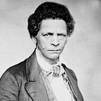



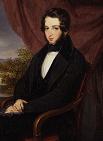

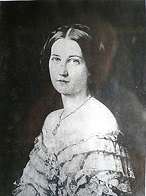



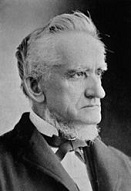





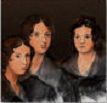

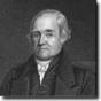
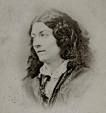
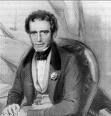



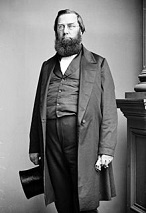


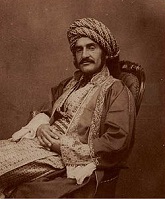











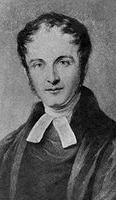

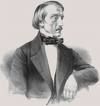


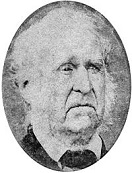
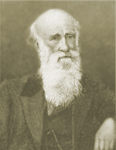




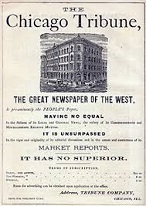
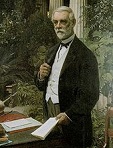
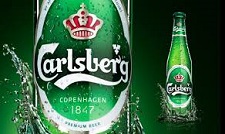
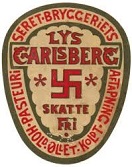
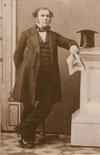
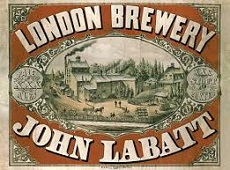
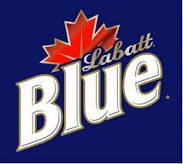

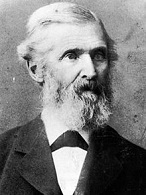
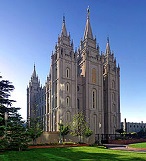
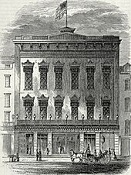
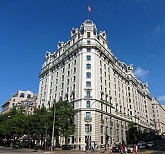
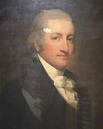
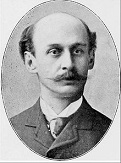
1847 There is a worldwide influenza epidemic (ends 1848), a measles epidemic in Canada (ends 1850), and a yellow fever epidemic in New Orleans. About 214K Irish emigrate to the U.S. and Canada aboard ships this year, incl. White Star Liners; 30% die on board of dysentery, typhus, and malnutrition; Irish immigrants to the U.S. bring their traditions of Trick or Treat and Jack O'Lanterns. On Jan. 8 Newton, Mass.-born John Palmer Parker (1790-1868) receives a land grant in the remote uplands N of Mauna Kea in the Big Island of Hawai, founding Parker Ranch to contain all the wild cattle on the island; the Hawaiian govt. begins privatizing land in their country that's been depleted of people by foreign diseases, giving foreign-owned plantations a free hand to monopolize agriculture and import indentured laborers from China, Japan, and other Asian countries in an attempt to mix more "hardy" genes into the Hawaiian pop. - the Hakka women have big feet, the Punti women small feet? In Jan. liberal agitation in Switzerland causes diplomats from the conservative powers of Austria, Russia and Prussia to leave Berne; supposedly liberal Louis Philippe's support of the reactionary monarchies against Switzerland finally alienates French liberals. In Jan. miffed Gen. Taylor disobeys orders to give his troops over to Gen. Winfield Scott in Tampico, instead advancing E to Saltillo - in hopes of this not being the end, my only friend? The West is the best? On Jan. 10 U.S. Brig. Gen. Stephen Watts Kearny (1794-1848), cmdr. of the Army of the West, and Robert F. Stockton enter Los Angeles after winning the Jan. 9 Battle of La Mesa in modern-day Veronon, Calif., and on Jan. 13 Lt. Col. John Fremont and Gen. Andres Pico meet at the Campo de Cahuenga and sign a peace treaty between the U.S. and Mexico; this site is just across Lankersheim Blvd. from the main entrance to Universal Studios in Hollywood, Calif. - how close is this to the Tech Noir Bar on Pico in The Terminator? On Jan. 19-July 9 the Taos Revolt in N New Mexico Territory by Mexicans and Pueblos against U.S. occupation is a V for U.S. forces incl. Sterling Price, Ceran St. Vrain, and Capt. John Henry K. Burgwin (-1847), who is KIA in the Siege of Pueblo de Taos on Feb. 3-5, 1847. On Jan. 30 the Calif. town of Yerba Buena is renamed San Francisco. In Jan. former Cape Colony gov. (1834-8) Lt. Gen. Sir Benjamin Alfred d'Urban (1777-1849) is appointed cmdr. of British forces in British North Am., setting up HQ in Montreal until his death on May 25, preparing for a possible U.S. invasion over border disputes. On Feb. 22-23 Gen. Zachary Taylor finally gets to fight the Big Beaner Gen. Antonio Lopez de Santa Anna at the Battle of Buena Vista Hacienda (La Angostura) near Saltillo after the Mexicans, seeing that they outnumber the Americans invite them to surrender without a fight, and Gen. Taylor gives the classic Am.-style smart-alecky reply, "Tell him to go to hell"; Taylor's son-in-law Col. Jefferson Davis leads a regiment that breaks up a Mexican cavalry charge, and he is shot in the foot, causing Taylor to lament refusing his daughter's hand in marriage, saying "My daughter was a better judge of men that I was"; the battle is a push, but both claim victory; Taylor is then granted leave to return home so that he can run for pres. on the strength of his big V. On Mar. 8 Gen. Winfield Scott launches an amphibious invasion of Vera Cruz (Veracruz) with his 10K-man army (first major U.S. military amphibious operation), and on Mar. 9 lands on the beaches S of Veracruz; on Mar. 27 after a week-long siege he captures Veracruz, then, following Cortes' route 300 years ealier, heads for Mexico City, evading a trap set by Santa Anna at Cerro Gordo on Apr. 18, instead capturing 3K POWs along with their equipment, incl. Santa Anna's personal effects; on May 15 Scott enters Puebla, Mexico's 2nd largest city, and watches 3K of his 10K men leave for home as their 12-mo. enlistments expire, forcing him to wait 3 mo. for reinforcements and supplies from the coast. In Mar. Japanese emperor Komei establishes the Gakushuin school for the children of the nobility in Kyoto. In Mar. after the diplomatic mission of former Roman Catholic missionary Karl Gutzlaff (1803-51) (one of the first Protestant missionaries to assume Chinese dress) is snubbed, two French warships enter Vietnamese waters and demand religious freedom for Catholics; after they shell Vietnamese defenses at Da Nang (Tourane), the emperor orders all Europeans in Vietnam put to death, but dies before the order can be carried out; he is succeeded by his youngest son Tu Duc (1829-83) as emperor of Vietnam, becoming the last independent one. In the spring of "Black '47", the British govt. provides outdoor relief (soup kitchens) for the starving Irish, which doesn't prevent massive deaths especially in the west, while massive emigration to the U.S. and Britain saves those who can afford it; the vacated land is consolidated by the British mini-William-the-Conquerors, who manipulate the famine to their own profit. One group of half-civilized Indians is pushed aside so another can move in their place? On Apr. 5 (2:00 p.m.) the Vanguard Co. of 143 men incl. eight members of the Quorum of the Twelve Apostles and three black men, three white women, and three white children, led by Brigham Young leave Winter Quarters in modern-day North Omaha, Neb. on the Missouri River heading to the Great Basin, arriving on July 24 in the Salt Lake Valley in Utah after Young says "This is the right place, drive on" from a sick wagon driven by Wilford Woodruff; on July 28 Young marks the location of the Gothic-Romanesque Salt Lake Temple (the White Man's Mecca?) on 10-acre Temple Square after Oliver Cowdery allegedly locates the exact spot with his divining rod; Morons, er, Mormons become the first white settlers in Utah (just what the Indians need, Morons who think they know all about their history when they can't even speak their language?); on Aug. 21 they leave for Winter Quarters to gather the remaining Mormon families, setting 12K Mormons in groups of 3K to work as a team to make the trek into the new Mormon Promised Land along the North Platte River, South Pass, Wyo. and Ft. Bridger, Wyo., setting up way stations for the remaining 60K Mormon pioneers, with 2.5K making the journey in 1848; on Feb. 14, 1853 the Salt Lake Temple is dedicated by Heber C. Kimball, after which groundbreaking ceremonies are held on Apr. 6, and it is dedicated on Apr. 6, 1893 by Wilford Woodruff; the architect is Truman Osborn Angell (1810-87) (brother-in-law of Brigham Young), who fills it with Masonic symbols; the walls are made of quartz monzonite from Little Cottonwood Canyon 20 mi. to the SE; Angell goes on to become the official architect of the LDS Church. On Apr. 26 after 800 emigrate from Saxony in Nov. 1838 in the Saxon Lutheran Migration, settling in St. Louis, Mo., the Lutheran Church - Missouri Synod (LCMS) is founded by recent German and Scandinavian immigrants in a broad band from Ohio to the Dakotas, led by C.F.W. (Carl Ferdinand Wilhelm) Walther (1811-87), becoming fearful of liberal "American Lutheranism" and going on to become the 2nd largest Lutheran body in the U.S. (2M members) - and want to keep their frauleins barefoot and preggers? On June 1 the Zeta Psi (Zetes) men's fraternity is founded at NYU by John Bradt Yates Sommers, William Henry Dayton, and John Moon Skillman, growing to 50K brothers in 53 active and 34 inactive chapters; on May 3, 2008 it charters Iota Omicron at Oxford U., followed on May 5, 2016 by Gamma Psi at the U. of Guelph. On June 10 the Chicago Tribune is founded in Chicago, Ill. by James Kelly (1809-95) et al., billing itself as "the Great Newspaper of the West", and "World's Greatest Newspaper", going on to support the Free Soil and Whig parties against the Dems. and promoting xenophobia against foreigners esp. Roman Catholics, affiliating with the Know Nothing Pary on Feb. 10, 1855, also supporting temperance, becoming the #1 paper in the Chicago metro and Great Lakes region; until ? the masthead displays the U.S. flag along with the motto "An American Paper for Americans". On June 11 Sir John Franklin (b. 1786) dies in the Arctic, and Capt. Francis Rawdon Moira Crozier (1796-1848) takes over as cmdr. for the Northwest Passage expedition, which gets stuck in the ice and lasts three years before all 125 crew perish. On June 27 New York City and Boston are linked by telegraph wires - the kind of country to which you really have to wanna go to get there? On July 4 Congress authorizes a new U.S. flag (design #11) with 29 stars, which incl. Iowa. On July 20 the Sonderbund War in Switzerland begins when the Roman Catholic cantons of Lucerne, Fribourg, Valais, Uri, Schwyz, Unterwalden, and Zug refuse to integrate with the Protestant ones and form the Sonderbung, which the radicalized (after a V in St. Gall) Federal Diet dissolves, declaring war on it on Nov. 4 and defeating the Catholic forces by Nov. 29, allowing it to establish a liberal-radical govt. whether the Catholics like it or not; the big V for liberalism causes crowds in France and Italy to cheer, and Marx and Engels to send kudos; meanwhile Metternich et al. rightly fear that the radicals are not going to stop there? On July 23 after the increase of Roman Catholic pilgrims to 4.2K makes exclusive control by the Franciscans inappropriate, Pope Pius IX issues the bull Nulla Celebrior, reestablishing the Latin Patriarchate of Jerusalem along with the Order of the Holy Sepulcure for the 1st time since the Crusades, with bishop Giuseppe (Joseph) Valerga (1813-72) as the first, superseding the Franciscan control that began in 1342; he arrives in Jerusalem next Jan. 17 and enters the Holy Sepulchre; the papacy retains the title of grand master of the Order of the Holy Sepulchre until 1949. On July 26 the Free and Independent Repub. of Liberia is founded by the Am. Colonization Society to Liberia (founded 1816 with backing by Pres. James Monroe) to repatriate freed U.S. black slaves, with a constitution modeled after the U.S., complete with cities named Monrovia (capital) (modern pop. 600K) (first foreign city to be named after a U.S. pres. until ?) and Buchanan on Waterhouse Bay (pop. 34K), and a constitution signed by 11 signers, hence the 11 stripes in its flag; next Jan. 3 "Father of Liberia" Joseph Jenkins Roberts (1809-76) of Va. becomes pres. #1 (until Jan. 7, 1856); James Lawrence Day (1814-54) from Morristown, N.J. becomes the colony's first physician; abundant timber and diamond wealth make it prosperous for the next cent.; the trouble starts when the Am. immigrants try to force their govt. and way of life on the other 99% and run out of free cookies? In July the Yucatan Caste War in Mexico (ends 1901) begins with a revolt of the rural native Mayan peasants of SE Yucatan against the Yucatecos of Euro descent in the NW, aided by the distraction of the U.S.-Mexico War, retaining 90% of Yucatan except Campeche and Merida, only to be driven back to Chan Santa Cruz in 1848 with a surprise attack when they are out planting corn, after which the Mayans are systematically turned into human dung by the white-is-right read-the-fine-print Euros via disease and starvation until they surrender; meanwhile in return for military aid the Second Repub. of Yucatan (founded 1841) rejoins the Mexican Federation next year. On Aug. 7 Gen. Winfield Scott sets out again for Mexico City, riding the snake through the mountain passes, thereby cutting his supply line to the coast, which causes the old fart backseat driver, the Duke of Wellington to comment that he "is lost - he cannot capture the city and he cannot fall back upon his base"; on Aug. 19-20 Scott wins the Battle of Contreras 13 mi. SSW of Mexico City, defeating a Mexican force of 7K under Gen. Valencia blocking the road to Mexico City with his force of 4.5K, with Mexican losses of 1.5K vs. U.S. losses of only 60, leading to an easy U.S. V at the Battle of Churubusco (the last fort defended to the death by Mexican officer-cadets) on Aug. 20, followed by an armistice on Aug. 23, which ends on Sept. 7, during which time Scott prepares a final assault on the remaining fortifications, starting with the enemy left at Battle of Molino del Rey on Sept. 8, then the enemy right at the Battle of Casa Mata on Sept. 11, and finally, after heavy losses on both sides, the enemy center at the Battle of Chapultepec on Sept. 13, where the Mexican Irish San Patricio Battalion puts up a desperate struggle for fear of capture and execution for treason; Scott then executes a brilliant flanking operation around the lakes and marshes guarding the E approaches, overwhelming Mexican defenses and entering Mexico City on Sept. 14, then mops up all resistance from the beaners within three days, finally having brig. gen. William Jenkins Worth (1794-1849) take down the Mexican flag on the Nat. Palace and run up the gringo Stars and Stripes flag while the U.S. Marines occupy the Halls of Montezuma; St. Patrick's Battalion is nearly wiped out at Churubusco Convent on Aug. 21, with all but 71 killed or taken POW, and 20 POWS hanged as deserters on Sept. 10, followed by several more later - when the music's over, turn out the lights? In Sept. uprisings in Reggio and Messina are crushed by King Ferdinand II. On Oct. 25 the 2nd Istanbul Cholera Epidemic begins (ends Nov. 1849) (first 1831), infecting 9,237 and killing 4,275. In Oct. Santa Anna resigns as pres. of Mexico leaves the country; on Nov. 11 the Mexican Congress elects an interim pres., and on Nov. 22 the new admin. begins negotiating with U.S. peace negotiator Nicholas P. Trist, even though Polk has just recalled him; Polk calls him an "impudent and unqualified scoundrel", but lets him continue because he's so well-connected? In Oct. 1847 after it falls into disrepair and becomes vulnerable to looting, losing its marble floor, a silver star allegedly marking the exact spot of Jesus Christ's birth in the Church of the Nativity in Bethlehem is stolen, causing a brawl between Greek and Latin clergy, which leads to a dispute between France and Russia, which leads Napoleon III of France in Dec. 1852 to force the Ottomans to recognize France as the sovereign authority over Christian sites in the Holy Land, after which the Ottoman sultan replaces the silver star, complete with a Latin inscription, pissing-off the Russians, who send armies to the Danube River, causing the sultan to back down and reverse his decision, restoring the Greeks to sovereign authority, which later gives Britain and France an excuse to go to war with Russia to stop their advance into Ottoman territory, leading to the 1854 Crimean War. On Nov. 2 Anglo-Irish landowner Maj. Denis Mahon, who had paid $1K to deport 1K of his poor and starving tenants to Canada, 25% of which died en route, then kicked 3K of his remaining 12K tenants out of his property in County Roscommon in the Midlands of Ireland is murdered by unknown assailants; the Molly Maguires are suspected. On Nov. 26 U.S. Navy Capt. William Francis Lynch (1801-65) sails with his crew on the Supply from New York City to Acre, Palestine, where they end up sailing down the Jordan River in metal boats to the Dead Sea, followed by Jerusalem and Nazareth, allegedly to measure the elev. of the Dead Sea; after returning their little pilgrimage to the Holy Land becomes a political hot potato. On Nov. 29 after a measles outbreak kills far more natives than whites, pissing-off the native Cayuse Indian leaders, the Whitman Massacre sees pioneer Presbyterian missionary-physician Marcus Whitman (1802-47), his science teacher wife Narcissa Whitman (b. 1808) and 12 others killed by Cayuse Indians led by Tiloukaikt (-1850) at their missionary 6 mi. W of Ft. Walla Walla, Wash.; the Indians take 53 hostages, who are later ransomed back to settlers in nearby Williamette Valley; too bad, a militia led by overzealous fundamentalist Protestant missionary Cornelius Gilliam (1798-1848) attacks innocent Cayuse, starting the Cayuse War (ends 1855); Tiloukaikt is captured in 1850 and executed on June 13 after accepting Roman Catholic last rites as a rebuff to the Presbyterian missionaries, uttering the soundbyte "Did not your missionaries teach us that Christ died to save his people? So we die to save our people." On Dec. 5 war hero Jefferson Davis becomes U.S. Sen. of Miss. to fill out the term (begun 1845) of N.C.-born Jesse Speight (b. 1795), who died on May 1, and after being reelected in 1849 he resigns in Sept. 1851 to run for gov. of Miss., but is defeated by a lousy 999 votes. On Dec. 27 Whittingham, Vt.-born Brigham Young (1801-77) is confirmed as pres. #2 of the LDS Church (until Aug. 29, 1877), continuing to operate the Nauvoo Legion. On Dec. 30 the Commercial & Agricultral Bank of Galveston, Tex. becomes the first bank in Tex.; it closes in 1859. In Dec. Abraham Lincoln from Ill. takes his seat in the U.S. House (one term only), and begins introducing Spot Resolutions, calling on Pres. Polk to name the spot where American blood had been shed on U.S. soil first before the U.S. invaded Mexico, claiming that the U.S. is the aggressor, calling some to call him a traitor - 5-4-3, Lincoln's open, and he's got it? The 15-year Algerian uprising against the French is quashed. An abortive revolt is quashed in Dublin. Charles Albert caves in to liberal nobles Camillo di Cavour et al. and eases press censorship and revises the police system in Piedmont. Conservative El Savador pres. (1841-2) Juan Lindo (Juan Nepomuceno Fernandez Lindo y Zelaya) (1790-1857) becomes pres. of Honduras (until 1851), with a program of reestablishing Central Am. unity. Basque mercenary and heartbreak hero Don Jose Oyanguren vanquishes fierce Datu Bago and annexes Davao Gulf (Bagobo "Daba-Daba" = fire) on Mindanao for Christian Spain. Jose Antonio Paez leads a revolt against his successor, Venezuelan pres. Jose Tadeo Monagas, but is quickly stopped, captured and imprisoned for three years, ending up in exile in the U.S. in 1850-8; Monagas puts his brother Jose Gregorio Monagas (1795-1858) in power as co-pres. (until 1858). Leopold II annexes the maritime province of Lucca to Tuscany. The British Factory Act restricts the working day for women and children ages 13-18 to a lenient 10 hours. Belgium replaces its coalition Unionist govt. with a party system and council of ministers, which, with a new electoral law next year that doubles the number of voters helps Belgium avoid the 1848 rev. fever. The Icelandic Althing asks Danish king Christian VIII for reforms incl. expanded suffrage, more direct voting, and the use of the Icelandic language in assemblies. The Reports of the Commissioners of Enquiry into the State of Education in Wales is pub. in three blue-covered vols., claiming that Welsh schools are inadequate and that the Welsh themselves are lazy, ignorant and immoral, and tracing it to the Welsh language, pissing-off the Welsh, who call the affair "the Treachery (Treason) of the Blue Books". Wellington Hospital in New Zealand is founded as the country's first hospital. Russian Romantic realist Vissarion Belinsky (1811-48), "Father of Russian Radical Intelligentsia" acquires the popular mag. The Contemporary (Sovremennik) (founded in 1836 by Alexander Pushkin), and with his collaborator Nikolai Alexeyevich Nekrasov (1821-78) go on to shake up the Tsarist regime with their free, noble, Romantic those-were-the-days-my-friend-we-thought-they'd-never-end articles, featuring writers incl. Ivan Turgenev, Ivan Goncharov et al, and pub. tr. of works by George Sand, Charles Dickens et al. The Bavarian Halls of Montezuma, or, The first Evita starring Madonna? Irish babe Lola Montez (1818-61) (real name Elizabeth Rosanna Gilbert), who married English Capt. Thomas James in 1837, went with him to India, ditched him and returned to become a dancer in London in 1842, getting popular and becoming a Euro star, finally hooks big fish King Louis I of Bavaria, who creates her baroness of Rosenthal and countess of Lansfeld, and she goes on to intrigue against conservatives and Jesuits (until 1848); she tells Louis that she's a Spanish dancer from Seville, Spain, born in 1823? French-born English chef Alexis Benoist Soyer (1810-58) invents the soup kitchen to serve "famine soup" to the poor in the Great Irish Famine. The first Swiss railroad opens between Zurich and Baden. The Hamburg-America Line is founded, becoming the first German transatlantic steamship line. Prince Otto von Bismarck (1815-98) of Schonhausen begins his political career as a substitute delegate to the Prussian United Diet. 22-y.-o. Samuel Langhorne Clemens (1835-1910) becomes a cub pilot under captain Horace Bixby, spending 18 mo. as an apprentice pilot, and two years as a licensed pilot on Miss. steamboats. The city of Atlanta, Ga. (named after the Western and Atlantic Railroad), near the Chattahoochee River is incorporated (modern pop. 500K/5M) - only how many years till it's gone with the wind? The city of Salinas, Calif. 10 mi. E of Monterey Bay (47 mi. SEE of San Jose) is founded as a stagecoach stop between Monterey and San Juan Bautista (modern pop. 150K). The first chemical factory is established in the town of Widnes on the N bank of the Mersey River in Cheshire, NW England, turning it into a center of the chemical industry, attracting large-scale immigration from Ireland, Wales, Poland, and Lithuania; the Sankey Canal (opened in 1757) closes in 1963, leaving Spike Island in Widnes, which houses the Catalyst Science Discovery Centre (1992), the only science museum in the U.K. devoted to chemistry. The Mexicans out of the way, 33 members of the socialistic German Freethinker Darmstadt Society of Forty move to the hill country of Texas. After surviving the Trail of Tears, the Choctaw Nation in Okla. collects donations and sends $5K (modern-day) to Middleton (S of Dublin), County Cork, Ireland to aid them during the Potato Famine; in 1995 Irisih pres. Mary Robinson visits them to thank them; in 2017 the sculpture "Kindred Spirits" is erected in their honor. London-born Am. Restorationist John Thomas (1805-71), friend of Restoration Movement founder Alexander Campbell founds the crypto-Anabaptist Unitarian (anti-trinitarian) Christadelphian (Gr. "brethren in Christ") sect in America, claiming to be a return to first cent. apostolic Christianity, going on to promote a nat. homeland for Jews in Israel, claiming that Britain would play a leading role; by modern times there are 50K members in 120 countries. The Am. Medical Assoc. (AMA) is founded in Philadelphia, Penn. by Nathan Smith Davis (1817-1904) et al.; in 1897 it incorporates, becoming the largest physician assoc. in the U.S., with 217K members by 2011, going on to become one of the largest lobbying orgs. in the U.S., fighting the New Deal, Medicare, and single-payer health care plans while fighting to limit damage awards in medical malpractice suits. The first Working Men's Club is founded in Cologne, Germany, soon going internat. and gaining key members Karl Marx (1818-83) and Friedrich Engels. Henry Ward Beecher (1813-87) becomes minister of the Plymouth Congregational Church in Brooklyn, N.Y. City U. of New York (CUNY) is founded in New York City as the Free Academy, becoming the first inst. of free public higher ed. in the U.S., becoming the 3rd largest univ. in the U.S. after SUNY and Calif. State U.; on Dec. 15, 1928 the cornerstone for Baruch College (originally City College School of Business and Civic Admin.) is laid, becoming the biggest business school in the U.S., renamed in 1953 to Baruch School of Business; in 1930 it begins admitting women; by 1935 enrollment reaches 40K; in 1961 the City U. of New York system is established, and in 1968 the Baruch School of Business is spun off as an independent college in the system; in 1970 it adopts an open admissions policy to accommodate minorities, and by 2016 the student body comes from 200+ countries, with white, black, and Hispanic pops. each comprising 25%+, and Asians 18%; in 1976 after enrollment swells from 174K to 268K it begins charging tuition. Earlham College in Richmond, Ind. is founded by the Quakers. Lawrence U. in Appleton, Wisc. is founded, becoming the 2nd U.S. college to be founded as a coeducational inst. Charles Dickens begins managing a touring theatrical co. (until 1852). Marlboro brand cigarettes are first marketed in England, named after Great Marlboro St. in London, where they are manufactured, and target to English women smokers, followed in the 1920s by Am. female smokers; during WWII it is discontinued, then relaunched in the 1950s after stories about the health detriments of smoking, touting its mildness and filter, changing the marketing emphasisis to men, introducing the Tatooed Man, followed in 1954 by the Marlboro Man, becoming the #1 brand by 1972. 18-y.-o. Levi Strauss (b. 1829) comes to the U.S. from Germany to work in his brother's dry goods business. The Chicago, Milwaukee, St. Paul and Pacific Railroad is founded; on Jan. 1, 1986 it merges with the Soo Line Railroad. The Philadelphia Bulletin in Penn. begins pub. (until 1982), becoming the #1 newspaper in Philly for 76 years and the largest evening newspaper in the U.S.; "Nearly everybody in Philly reads the Bulletin". Skandinavia, the first Swedish mag. in the U.S. begins pub. in New York City on Jan. 15. Carlsberg Group is founded in Copenhagen, Denmark by Danish industrialist Jacob Christian Jacobsen (1811-87), student of Gabriel Sedlmayr to produce German-style beer, incl. Carlsberg Beer (named after his son Carl), introduced in 1883, becoming the first quality modern lager, brewed with a special yeast isolated by their scientists, giving them a new level of control of quality and consistency, going on to become known for their "golden pint"; their original logo is a Swastika, which they drop in the early 1940s; in 1970 they acquire Tuborg Brewery (founded 1873); in 1990 they acquire Baltika (founded 1990), the best-selling beer in Russia (40% market share); in 2001 they merge with Orkla ASA of Norway, becoming the 5th biggest brewery co. on Earth, rising to 4th in 2009. John A. Huck (-1878) and John Schneider found a brewery in Chicago, Ill. two blocks E of Lill's, producing the first lager in Chicago; Huck's house becomes the center of the city's first beer garden, with the elms shading his lagering cellars; in 1855 he changes the co. name to Eagle Brewing Co.; too bad, it burns down in the 1871 Great Chicago Fire; when he dies, his son John founds a new brewing co. that becomes the first in the U.S. to use the Saladin Box malting process, invented by French Lt. Col. Charles Saladin (1878-1942), using rotating screws to move the barley across the air flow to keep it from forming large unusable mats. Labatt Brewing Co. Ltd. is founded in London, Ont., Canada by Irish immigrant John Kinder Labatt (1803-66), going on to survive Prohobition as one of 15 breweries left in Canada, allowing it to grow into one of Canada's largest breweries; in 1945 it goes public; in 1951 it introduces Labatt Blue Pilsner Lager, named after the Canadian Football League Blue Bombers, becoming #1 in Canada until the late 1980s when Molson Canadian passes it up, then switching lead until 2004 when Budweiser becomes #1, which doesn't hurt it since in the 1980s it began brewing Budweiser in Canada, after which it becomes the best-selling Canadian beer on Earth; in 1974 it acquires Kokanee; in 1976-95 it becomes the majority owner of the Toronto Blue Jays ML baseball team; in 1984 it introduces the first twist-off cap in a refillable bottle; in 1989 they hire Canadian actress Pamela Anderson as their Blue Zone Girl; 1995 it is acquired by Interbrew. Necco Wafers are introduced by English immigrant Oliver Chase, who in 1901 forms the New England Confectionary Co. (Necco); they are sold in rolls with eight flavors; during WWII the U.S. military orders them for rations. Architecture: On Apr. 4 the Gran Teatre del Liceu (AKA Liceo) in Barcelona opens, becoming the #1 opera house in Spain. On July 24, 1847 Mormon leader Brigham Young and his Mormon pioneers arrive in the Salt Lake Valley in Utah; on July 28 he marks the location of the Gothic-Romanesque Salt Lake Temple on 10-acre Temple Square after Oliver Cowdery allegedly locates the exact spot with his divining rod; on Feb. 14, 1853 it is dedicated by Heber C. Kimball, after which groundbreaking ceremonies are held on Apr. 6, and it is dedicated on Apr. 6, 1893 by Wilford Woodruff; the architect is Truman Osborn Angell (1810-87) (brother-in-law of Brigham Young), who fills it with Masonic symbols; the walls are made of quartz monzonite from Little Cottonwood Canyon 20 mi. to the SE; Angell goes on to become the official architect of the LDS Church. On Sept. 27 the (Old) Broadway Theatre at 326-330 Broadway and 98 Anthony (Worth) Street in Manhattan, N.Y. (cap. 4.5K) opens, modeled on the Haymarket Theatre in London, becoming the largest theater so far in New York City, closing on Apr. 2, 1859 with a production of Shakespeare's "Antony and Cleopatra". The Grand Hotel in Mobile, Ala. opens. Using some of the gold discovered in 1690 in Brazil, Palace of Queluz in Queluz, Sintra (near Lisbon), Portugal is begun as a summer retreat for Dom Pedro of Braganza, becoming one of the last great Rococo bldgs. in Europe, known as the Portuguese Versailles; designed by architect Mateus Vicente de Oliveira (1706-86); construction is suspended after the 1755 Lisbon earthquake, and recommenced in 1758 with modifications to the design to handle future earthquakes; after the Ajuda Palace burns down in 1794, it becomes the official residence of Prince Regent Joao (John) VI and his mad wife Maria II, for whom the Pavilion of Dona Maria is built in 1785-192 by architect Manuel Caetano de Sousa. The Willard Hotel at 1401 Pennsylvania Ave. in Washington, D.C. is founded by Henry Willard after leasing six bldgs. built in 1816 by Col. John Taylor III (1770-1828) (wealthiest man of his time?) and combining them into a single 4-story structure, purchasing it in 1864 from Ogie Taylor, paying with U.S. currency instead of gold or silver like he agreed, launching a dispute over the purchase price that is settled by the U.S. Supreme Court in 1869 in Willard v. Tayloe; the hotel becomes the only one from which one can easily visit downtown Washington, D.C., becoming the favorite haunt of dignitaries incl. P.T. Barnum and Gen. Tom Thumb, Mark Twain, Walt Whitman, the Duke of Windsor, Harry Houdini, Gypsy Rose Lee, Gloria Swanson, Emily Dickinson, Jenny Lind, and Charles Dickens, with Nathaniel Hawthorne writing the soundbyte: "The Willard Hotel more justly could be called the center of Washington than either the Capitol or the White House or the State Department"; on Mar. 4, 1853 Pres. Millard Fillmore stays there before his inauguration; in 1860 the first group of three sword-carrying Japanese ambassadors to the U.S. stay at the hotel with 74 other delegates, causing many lookie-loos go gather; in Nov. 1861 Julia Ward Howe writes the lyrics to "The Battle Hymn of the Republic" while staying there; in 1901 a new 12-story bldg. designed by Am. architect Henry Janeway Hardenbergh (1847-1918) opens, suffering a fire in 1922 that causes $250K damage, requiring U.S. vice-pres. Calvin Coolidge to be evacuated, along with several U.S. senators, March King John Philip Sousa, film producer Adolph Zukor, newspaper publisher Harry Chandler et al.; the Willard family sells-out in 1946, and the hotel closes in 1968, reopening in the late 1990s after restoration; in 1963 Martin Luther King Jr. writes his "I Have a Dream" speech in his hotel room there; in summer 2001 Steven Spielberg shoots the finale of his film "Minority Report" at the hotel. Inventions: Thomas Beecham (1820-1907) of Wigan, England patents a laxative known as Beecham's Pills, containing aloe, ginger, and soap, with the slogans "Worth a guinea a box" and "Make all the difference"; they are sold for 1 shilling 1-1/2 pence, and cost half a farthing to produce; they are actually a clone of Holloway's Pills (1837). Sea capt. Hanson Gregory of Maine invents the hole in doughnuts; in ? a monument is erected to him; on July 9, 1872 John F. Blondel of Maine receivea a U.S. patent for a spring-loaded doughnut cutter. The U. of Deseret in Utah begins developing the Deseret Alphabet (until 1854), advertising and promoting it in books, newspapers, street signs and correspondence before giving up in 1869. Science: Christoph Buys Ballot determines the period of rotation of the Sun from daily temp observations in the Netherlands in 1729-1846. On July 20 Brorsen's (Brorsen-Metcalf) Comet is first observed (period 5.6 years). French physician Marie Jean Pierre Flourens (1794-1867) first demonstrates the anesthetic effect of chloroform on animals. James Prescott Joule pub. the principle of the conservation of energy. Carl F.W. Ludwig (1816-95) of Germany invents the Kymograph (Gr. "wave writer") to record blood pressure, boosting the study of physiology. Big brain Renaissance man (7 languages) U.S. Rep. (Whig-Vt.) (1843-9) George Perkins Marsh (1801-82) (architect of the Washington Monument) gives a speech to the Agricultural Society of Rutland County, Vt., becoming the first modern thinker to theorize that man's activities influence climate, but never mentioning carbon dioxide, with the soundbyte: "Man cannot at his pleasure command the rain and the sunshine, the wind and frost and snow, yet it is certain that climate itself has in many instances been gradually changed and ameliorated or deteriorated by human action. The draining of swamps and the clearing of forests perceptibly effect the evaporation from the earth, and of course the mean quantity of moisture suspended in the air. The same causes modify the electrical condition of the atmosphere and the power of the surface to reflect, absorb and radiate the rays of the sun, and consequently influence the distribution of light and heat, and the force and direction of the winds. Within narrow limits too, domestic fires and artificial structures create and diffuse increased warmth, to an extent that may effect vegetation. The mean temperature of London is a degree or two higher than that of the surrounding country, and Pallas believed, that the climate of even so thinly a peopled country as Russia was sensibly modified by similar causes." Samarskite, a lustrous velvet-black mineral rich in uranium, thorium, and rare earths (samarium, cerium, etc.) is named after Russian mining official Col. M. von Samarski. Austrian-Hungarian physician Ignaz Philipp Semmelweis (1818-65) discovers the connection between childbed fever and puerperal infection, and pisses-off physicians by suggesting that their filthy hands and instruments are killing their patients - be hot and stay cool? Nonfiction: John Quincy Adams (1767-1848), Letters on the Masonic Institution; "It is confidently believed that in the materials of the present volume will be found a solemn warning, conveyed by a voice in the feebleness of age still powerful over the sympathy of American citizens, against the formation of secret obligations." Louis Agassiz (1807-73), The Glacial System; his theory of a "glacial epoch" (ice age), causing a buzz. Ferdinand Christian Baur (1792-1860), Kritische Untersuchungen uber die Kanonischen Evangelien, ihr Verhaltniss zu Einander, ihren Charakter und Ursprung (Critical Investigation of the Canonical Evangelists, their Resemblance to Each Other, their Character and Origin); the gospels are redactions of an older lost gospel, with Matthew being the closest?; John "does not possess historical truth, and cannot and does not really lay claim to it" - Biblical higher criticism is cooking long before Darwin? Bruno Bauer (1809-82), History of the French Revolution (3 vols.). Louis Blanc (1811-82), History of the Revolution (1847-62). Paul Emile Botta, Monuments de Ninive (1847-50). George Boole (1815-64), Mathematical Analysis of Logic. George Bush (1796-1859), Mesmer and Swedenborg; backs them both. Andrew Jackson Davis (1826-1910), The Principles of Nature, Her Divine Revelations, and a Voice to Mankind; dictated in a trance in 1845 to his scribe William Fishbough. John Bovee Dods (1795-1872), Philosophy of Mesmerism. Charles G. Finney (1792-1875), Systematic Theology (2 vols.); revised eds. in 1851 and 1878; becomes a seminal work for Am. evangelicals. John Frost, Pictorial Life of George Washington: Embracing a Complete History of the Seven Years' War, the Revolutionary War, the Formation of the Federal Constitution, and the Administration of Washington. Nikolai Gogol (1809-52), Selected Passages from a Correspondence with Friends. Hermann von Helmholtz (1821-94), On the Conservation of Energy (Uber die Erhaltung der Kraft); presents the concept of the conservation of energy (First Law of Thermodynamics) with such cogent analysis that it gains widespread acceptance, resulting in aceing out non-establishment boy James Prescott Joule as the discoverer? Leigh Hunt (1784-1859), Men, Women and Books (2 vols.). Fanny Kemble (1809-93), Year of Consolation; her travels in Italy. Soren Kierkegaard (1813-55), Edifying Discourses in Diverse Spirits; Works of Love. Alphonse de Lamartine (1790-1869), Histoire des Girondins; lauds them. Karl Marx (1818-83), The Poverty of Philosophy; an attack on Proudhon's "Philosophy of Poverty". Jules Michelet (1798-1874), History of the French Revolution; historian Francois Furet hails it as "the cornerstone of all revolutionary historiography and is also a literary monument." Augustus De Morgan (1806-71), Formal Logic, or The Calculus of Inference, Necessary and Probable. William Hickling Prescott, History of the Conquest of Peru (3 vols.). Pierre-Joseph Proudhon (1809-65), The System of Economic Contradictions, or The Philosophy of Poverty; pisses-off Karl Marx, who this year pub. The Poverty of Philosophy, accusing him of wanting to rise above the bourgeoise, leading to a permanent split between the Anarchist and Marxist wings of the Internat. Working Men's Assoc. Leopold von Ranke (1795-1886), Neun Bucher Preussicher Geschichte. Arthur Penrhyn Stanley (1815-81), Sermons and Essays on the Apostolic Age. David Friedrich Strauss (1808-74), A Romantic on the Throne of the Caesars; draws parallels between Prussian king Frederick William IV and Roman emperor Julian the Apostate, claiming that both were romantic dreamers who tried to turn the calendar back. Wilhelm Weitling (1808-71), Ein Nothruf an die Manner der Arbeit und der Sorge, Brief an die Landsleute. Noah Webster (1758-1843), Dictionary (posth.). Horace Wells (1815-48), A History of the Application of Nitrous Oxide Gas, Ether and Other Vapors to Surgical Operations - the complete list of excuses for missing work? Music: Adolphe Charles Adam (1803-56), Oh Holy Night (Minuit, Chretiens!). Daniel Auber (1782-1871), Haydee (opera) (Opera Comique, Paris). Friedrich von Flotow, Martha (opera) (Vienna). Fromental Halevy (1799-1862), Les Premiers Pas (opera). Henry Francis Lyte (1793-1847), Abide with Me; Christian (Anglican) hymn, written by Lyte as he lays dying from TB; later set to the tune of the 1861 hymn "Eventide" by William Henry Monk (1823-89); a favorite of George V and Gandhi; played on the sinking Titanic; sung at the annual Anzac Day services; "Abide with me; fast falls the eventide;/ The darkness deepens; Lord with me abide./ When other helpers fail and comforts flee, /Help of the helpless, O abide with me." Goffredo Mameli (1827-49) and Michele Novaro (1818-85), Il Canto degli Italiani (Mameli's Hymn); "Brothers of Italy" (first line); becomes the anthem of the Italian independence-unification movement, and later the Italian nat. anthem. Giuseppe Verdi (1813-1901), Macbeth (opera) (Mar. 14) (Teatro della Pergola, Florence); based on the Shakespeare play; libretto by Francesco Maria Piave and Andrea Maffei; incl. La Luce Langue; I Masnadieri (The Bandits) (opera) (July 22) (Her Majesty's Theatre, London); based on Friedrich von Schiller's "Die Rauber"; Jerusalem (opera) (Nov. 26) (Academie Royale de Musique, Paris); French libretto by Alphonse Royer and Gustave Vaez. Henryk Wieniawski (1835-80), Grand Caprice Fantastique, Op. 1. Art: Thomas Couture (1815-79), Romans in the Decadence of the Empire; his masterpiece, exhibited at the Paris Salon. George Cruikshank (1792-1878), The Bottle (drawing); the evil effects of alcohol. Charles Deas (1818-67), Prairie on Fire; dramatic work. Jean-Leon Gerome (1824-1904), The Greek Cockfight; makes him an instant hit. Adolph von Menzel (1815-1905), Artist's Sister in the Sitting Room. Plays: George Dibdin-Pitt (1799-1855), The String of Pearls: The Demon Barber of Fleet Street; the Sweeney Todd story; claims to be "founded on fact"; "I believe I am not easily forgotten by those who have once seen me". Heinrich Laube, Struensee (tragedy); Gottsched und Gellert (comedy); Die Karlsschuler (comedy); the youthful Schiller. Poetry: Janos Arany, Toldi (pt. 1 of 3); his masterpiece, based on Magyar legends; Toldi's Love (pt. 2), Toldi's Evening (pt. 3). George Henry Boker (1823-90), The Lesson of Life and Other Problems. Alexandre Dumas fils (1824-95), Peches de Jeunesse (Netting the Waters) (debut). Edgar Allan Poe (1809-49), Ulalume; a man takes a walk one night in "lonesome October", ending up at the vault of his "lost Ulalume" exactly 1 year after burying her. Christina Georgina Rossetti (1830-94), Verses. Joseph Roumanille (1818-91), Li Marbarideto. Alfred, Lord Tennyson (1809-92), The Princess: A Medley; his first hit; incl. Tears, Idle Tears ("Tears, idle tears, I know not what they mean,/ Tears from the depth of some divine despair"), Now Sleeps the Crimson Petal, Godiva, The Princess; satire on women's education, about a princess who swears-off men and founds a women's-only univ. Henry Wadsworth Longfellow (1807-82), Evangeline: A Tale of Acadie; Evangeline Bellefontaine of Grande-Pre in Acadia searches for her lost love Gabriel Lajeunesse during the Acadian Expulsion; "This is the forest primeval. The murmuring pines and the hemlocks,/ Bearded with moss, and in garments green, indistinct in the twilight,/ Stand like Druids of eld, with voices sad and prophetic." (first lines) Novels: All those women left back home during all the military fun add up to a big year for the ding-dong Bronte (Brontë) Sisters, who live in a lonely parsonage in Yorkshire, England with their brother Branwell and build their brains to epic proportions? On Oct. 16 Charlotte Bronte (1816-55) (eldest sister) pub. her 2nd novel (the first, The Professor was rejected, and is later pub. posth.) Jane Eyre: An Autobiography under the alias Currer Bell, about a meek, plain (not beautiful, so Bronte can make a moral point?) orphan governess, raised at Gateshead and sent to horrible Lowood School by her mean guardian aunt, becoming governess at Thornfield Manor, where she falls in love with her tormented, mysterious and tragic employer Edward Rochester (whose creole wife Bertha died in a fire), after which she moves in with the Rivers family in Marsh's End (Moor House), then Morton, where her fish-cold clergyman-cousin St. John Rivers proposes to her, after which she reunites with and marries Rochester at his Ferndean House; the first novel written by a woman from a woman's point of view?; "There was no possibility of taking a walk that day" (first line); in Dec. Anne Bronte (1820-49) (middle sister) pub. Agnes Grey under the alias Acton Bell; a bankrupt minister's daughter becomes a governess to wealthy spoiled children of the Bloomfields and Murrays, then marries a man who loves her for herself and lives happily ever after; one of George Moore's favorites; in Dec. Emily Bronte (Brontë) (1818-48) (youngest sister) pub. her only novel Wuthering Heights under the alias Ellis Bell, about the doomed love between the sinister Byronic hero and Liverpool foundling Heathcliff (1764-1802) (son of the Devil?) and his beautiful foster sister Catherine Earnshaw (1765-84) on the Yorkshire Moors, and how he screws her up after she dumps him for higher class Edgar Linton (1762-1801) in 1783, causing her to go mad and die during childbirth on Mar. 20, 1784, while he elopes with her sister Isabella Linton (1765-97) in Feb. 1784 and mistreats her, causing her to escape to London and give birth to son Linton Heathcliff (1784-) before dying in 1797, after which Catherine's daughter Cathy (1784-) marries Linton Heathcliff in Aug. 1801, and he dies in Sept., then Heathcliff dies in Apr. 1802; meanwhile in 1801 newcomer Mr. Lockwood of Thrushcross Grange gets housekeeper Ellen "Nelly" Dean to tell him the whole story so he can write it down; "Wuthering being a significant provincial adjective, descriptive of the atmospheric tumult to which its station is exposed in stormy weather"; written in an interlocking fashion like Matryoshka dolls. Benjamin Disraeli (1804-81), Tancred. Fyodor Dostoyevsky (1821-81), The Double; an unpopular civil servant goes mad and sees his you know what. James Anthony Froude (1818-94), Shadows of the Clouds; pub. under alias "Zeta". Ivan Goncharov (1812-91), A Common Story (first novel); about young Russian nobleman Aleksander Aduev, who arrives in St. Petersburg from the provinces and loses his romanticism amid the pragmatic commercialism, becoming a big hit esp. in St. Petersburg, gaining praise from critic Vissarion Belinsky, with critic Vasily Botkin issuing the soundbyte: "How much good it will bring to our society, what a massive blow will it administer to romanticism, dreaminess, sentimentality and provincialism." Jeremias Gotthelf (1797-1854), Kathi (Käthi), die Grossmutter. Heinrich Hoffmann (1809-1904), Struwwelpeter. Charles James Lever (1806-72), The Knight of Gwynne: A Story of the Union. Frederick Marryat (1792-1848), The Children of the New Forest, a children's novel about the four Beverly orphans, who hide from the Roundheads. Herman Melville (1819-91), Omoo. Wolf Pascheles, Galerie der Sippurim; after an edict by the emperor to kill all Jews in Prague, 16th cent. rabbi Judah Loew the Maharal makes a golem from the mud of the banks of the Vltava River to kill attacking goyim, but it gets out of hand, and he ends up erasing the "e" from the word "emet" (truth) on its forehead, turning it into the word for death; first pub. story of the Jewish golem, which only rabbis could make because some of God's creative power rubs off on them; the real golem allegedly is still kept in the Old-New Synagogue of Prague. George Sand (1804-76), Le Peche (Péché) de M. Antoine. William Makepeace Thackeray (1811-1863), Vanity Fair: A Novel Without a Hero (Jan. 1847-July 1848); based on John Bunyan's "The Pilgrim's Progress" (1678), Ch. 6: "Therefore at this fair are all such things sold as houses, lands, trades, places, honors, preferments, titles, countries, kingdoms, lusts, pleasures, and delights of all sorts, as wives, husbands, children, masters, servants, lives, blood, bodies, souls, silver, gold, pearls, precious stones, and what not"; set during the Battle of Waterloo; Becky Sharp and Amelia Sedley of Miss Pinkerton's Academy for Young Ladies, Capt. George Osborne, Amelia's father John Sedley and brother Joseph Sedley, baronet Sir Pitt Crawley and his son Capt. Rawdon Crawley; Dominick Dunne; George's note to Becky Sharp is revealed at the end; title of the first full Technicolor film (1935), starring Marian Hopkins, with Thelma Catherine Ryan (Mrs. Pat Nixon) as an extra. Charlotte Elizabeth Tonna (1790-1846), The System. Births: Am. financier-philanthropist (Jewish) Jacob Henry (Jakob Heinrich) (Hirsch) Schiff (d. 1920) on Jan. 10 in Frankfurt-am-Main, Germany; emigrates to the U.S. in 1865. Am. astronomer Ormond Stone (d. 1933) on Jan. 11 in Pekin, Ill.; brother of Melville Stone (1848-1929); educated at the U. of Chicago. Am. "Philosophy of Theism" Personalist philosopher (Methodist) Borden Parker Bowne (d. 1910) on Jan. 14 in Leonardvile, N.J. French celeb Camille Monet (nee Doncieux) (d. 1879) on Jan. 15 in La Guillotiere, Lyons; wife (1870-) of Claude Monet Hungarian novelist Kalman Mikszath de Kiscsolto (d. 1910) on Jan. 16 in Szklabonya. Russian aerodynamic-hydrodynamic mathematician Nikolai Yegorovich Zhukovski (Joukovsky) (d. 1921) on Jan. 17 in Orekhovo, Vladimir Oblast; educated at Moscow U. French stereochemist Joseph Achille Le Bel (d. 1930) on Jan. 21 in Pechelbronn; educated at the Ecole Polytechnique. Am. Ouija Board inventor Elijah Jefferson Bond (d. 1921) on Jan. 23 in Bel Air, Md. Am. neoclassical economist John Bates Clark (d. 1938) on Jan. 26 in Providence, R.I.; educated at Amherst College, the U. of Zurich, and the U. of Heidelberg; father of John Maurice Clark (1884-1963). Am. marksman Francis E. "Frank" Butler (. 1926) on Jan. 30 in County Longford, Ireland; emigrates to the U.S. at age 13; husband (1876-1926) of Annie Oakley (1860-1926). Am. beer magnate Adolph Herman Joseph Coors Sr. (Adolph Hermann Josef Kuhrs) (d. 1929) on Feb. 4 in Barmen, Prussia, Germany; parents die in 1862; emigrates to the U.S. in 1868; brother of William Kuhrs (1849-1923); husband (1879-) of Louisa Webber Coors; father of Adolph Coors Jr. (1884-1970). Am. Waldorf-Astoria Hotel architect Henry Janeway Hardenbergh (d. 1918) on Feb. 6 in New Brunswick, N.J.; student of Detlef Lienau (1818-87). Am. overachieving sleep-misering inventor ("Wizard of Menlo Park") Thomas Alva Edison (d. 1931) on ? in Milan (pr. MY-lin), Ohio on Feb. 11 [Aquarius]; Canadian immigrant father; formal education consists of 3 mo. at a public school in Port Huron, Mich.; becomes deaf at age 12 after a conductor allegedly pulls him aboard a train at Frazer Station, Mich. by his ears; moves at age 21 to New York City to work in the financial industry. Am. atty. and suffragist Ada Harriet Miser Kepley (d. 1925) on Feb. 11 in Somerset, Ohio; educasted at Union College of Law in Chicago, Ill. German advisor (to Wilhelm II) (gay) Prince Philip Frederick Alexander, Prince of Eulenburg-Hertefeld, Count of Sandels (d. 1921) on Feb. 12 in Konigsberg. German economist Karl Wilhelm Bucher (Bücher) (d. 1930) on Feb. 16 in Kirberg, Hesse; educated at the U. of Bonn. English #1 Shakespearean actress Dame Alice Ellen Terry (d. 1928) on Feb. 27 in Coventry; comes from a family of actors; great-aunt of actor Sir John Gielgud; debuts at age 8; has a "paper courtship" with George Bernard Shaw; created dame in 1925. Scottish telephone, gramophone, photophone, electric eye, and induction balance inventor Alexander Graham Bell (d. 1922) on Mar. 3 in Edinburgh; son of Alexander Melville Bell (1819-1905); home-schooled, becoming a teacher at age 16; uses the alias H.A. Largelamb in Nat. Geographic. Italian PM #19 (1906, 1909-10) Baron Sidney Constantino Sonnino (d. 1922) on Mar. 11 in Pisa; Jewish descent Italian father, Welsh mother. Am. painter Albert Pinkham Ryder (d. 1917) on Mar. 19 in New Bedford, Mass.; known for his moody allegorical paintings. German chemist (Jewish) Otto Wallach (d. 1931) on Mar. 27 in Konigsberg (Kaliningrad); educated at the U. of Gottingen. English "Tales of the Punjab" novelist Flora Annie Webster Steel (d. 1929) on Apr. 2; spends 22 years in India. Danish naturalist novelist-poet Jens Peter Jacobsen (d. 1885) on Apr. 7 in Thisted, Jutland. Austrian architect Ferdinand Feller (d. 1916) on Apr. 19 in Vienna; educated t the Vienna U. of Tech.; collaborator of Hermann Helmer (1849-1919). Am. muckraker writer-journalist Henry Demarest Lloyd (d. 1903) on May 1 in New York City; educated at Columbia U. Canadian Internat. Paper Co. founder Hugh Joseph Chisholm (d. 1912) on May 2 in Niagara-on-the-Lake, Ont.; not to be confused with English journalist Hugh Chisholm (1866-1924). Am. surgeon Henry C. Dalton (d. ?) on May 7. English Liberal PM (1894-5) Archibald Philip Primrose, 5th Earl of Rosebery (d. 1929) on May 7 in Berkeley Square, London (Charles St.); son of Lord and Catherine Dalmeny (daughter of Earl Stanhope); educated at Eaton School, and Christ Church, Oxford U.; has gay relationship at Eaton with future Eaton pedophile schoolmaster William Johnson Cory (1823-92). Am. impresario (Jewish) Oscar Hammerstein I (d. 1919) on May 8 in Stettin, Pomerania, Germany (Prussia); father of Arthur Hammerstein (1872-1955) and Willie Hammerstein (1875-1914); grandfather of Oscar Hammerstein II (1895-1960); emigrates to the U.S. in 1864 and makes his fortune in the cigar biz before going into theater. English historian (ancient Roman religion) William Warde Fowler (d. 1921) on May 16 in Langford Budville, Somerset. U.S. First Lady (1897-1901) (epileptic) Ida Saxton McKinley (d. 1907) on June 8 in Canton, Ohio; wife of William McKinley. British suffragist Dame Millicent (OF "brave strength") Fawcett (nee Garrett) (d. 1929) on June 11 in Aldeburgh, Suffolk; sister of Elizabeth Garrett Anderson (1836-1917); wife (1867-) of economist Henry Fawcett (1833-84); created dame in 1925. French historical school socialist economist-historian (Protestant) Charles Gide (d. 1932) on June 29 in Uzes; uncle of Andre Gide (1869-1951). English shipping magnate Walter Runciman, 1st Baron Runciman (d. 1937) on July 6; father of Walter Runciman, 1st viscount Runciman of Doxford (1870-1949); created baronet in 1906. German Impressionist Berliner Succession Movement painter-printmaker (Jewish) Max Liebermann (d. 1935) on July 20 in Berlin. Am. Theosophist leader Katherine Augusta Westcott Tingley (d. 1929) on July 6 in Newbury, Mass. U.S. white supremacist Sen. (D-S.C.) (1895-1918) Benjamin Ryan Tillman (d. 1918) on Aug. 11 near Trenton, S.C.; brother of George Dionysius Tillman (1826-1902). Am. outlaw hero Jesse Woodson James (d. 1882) on Sept. 5 in Centerville (Kearney), Clay County, Mo.; goes by the alias Curly, er, Thomas Howard; brother of Frank James (1843-1915); husband (1874-) of Zerelda Mimms (1845-1900). Am. Cosmopolitan ed.-pub. (1889-1905) John Brisben Walker (d. 1931) on Sept. 10 near Pittsburgh, Penn. English suffragist poet-writer Alice Christiana Gertrude Thompson Meynell (d. 1922) on Sept. 22 in Barnes, London. English Theosophist and women's rights activist Annie Wood Besant (nee Wood) (d. 1933) on Oct. 1 in Clapham, London; of Irish descent; leader in India's independence movement; writes under the alias Ajax. German field marshal and Weimar Repub. pres. #2 (1925-34) Paul Ludwig Hans Anton von Beneckendorff und von Hindenburg (d. 1934) on Oct. 2 in Posen, Poland (at Podgorna 6); son of Robert von Beneckendorff und von Hindenburg (1816-1902) and Luise Schwickart (1807-93); descendant of Martin Luther - there's something about Adolf? French "Le Capitaine Casse-Cou" novelist ("the French Rider Haggard") Louis Henri Boussenard (d. 1910) on Oct. 4 in Escrennes, Loiret. German sculptor Adolf von Hildebrand (d. 1921) on Oct. 6 in Marburg; son of economist Bruno Hildebrand (1812-78); father of Dietrich von Hildebrand (1889-1977) - back when the name Adolf didn't have bad connotations? Am. real estate developer ("Father of Hollywood") Hobart Johnstone "H.J." Whitley (d. 1931 on Oct. 7 in Toronto, Canada; becomes a U.S. citizen in the 1870s; names Hollywood in 1886 while on his honeymoon with wife Gigi after a Chinese man in a wagon carrying wood allegedly says "I holly wood". Am. "Moonlight" lRomantic Tonalist andscape painter Ralph Albert Blakelock (d. 1919) on Oct. 15 in New York City; educated at CCNY. Italian physicist-engineer Galileo Ferraris (d. 1897) on Oct. 31 in Livorno Vercellese, Sardinia; educated at the U. of Turin, and Turin Royal School of Engineering; inventor of the 3-phase electric induction motor (1885). French syndicalist philosopher-journalist Georges Eugene (Eugène) Sorel (d. 1922) on Nov. 2 in Cherbourg, Normandy; educated at the Ecole Polytechnique, Paris; founder of Sorelianism. Irish "Dracula" novelist Abraham "Bram" Stoker (d. 1912) on Nov. 8 in Fairview; son of Abraham Stoker (1799-1876) and Charlotte Mathilda Blake Thornely (1818-1901) (feminist); educated at Trinity College, Dublin; husband (1878-) of Florence Balcombe (1858-1937); distant relation of Sir Arthur Conan Doyle; asst. (1878-) of Lyceum Theatre (London) owner Henry Irving. Am. writer-illustrator (Quaker) Mary Hallock Foote (d. 1938) on Nov. 9 in Milton, N.Y. Am. psychologist-logician-mathematician Christine "Kitty" Ladd-Franklin (d. 1930) on Dec. 1 in Windsor, Conn.; educated at Vassar College. Am. Jewish rabbi (founder of the United Synagogue of Am.) Solomon Schechter (d. 1915) on Dec. 7 in Focsani, Romani, Moldavia; educated at the U. of Vienna, and Humboldt U.; emigrates to Vienna in 186?, Germany in 1879, Britain in 1882, and the U.S. in 1902. French WWI Gen. Michel Joseph Maunoury (d. 1923) on Dec. 17 in Maintenon, Eure-et-Loir. Am. Dem. Ill. gov. #20 (1893-7) John Peter Altgeld (d. 1902) on Dec. 30 in Westerwald, Germany; emigrates to Mansfield, Ohio as an infant; educated at the U. of Mo. Am. outlaw Joseph Isaac "Ike" Clanton (d. 1887) in Callaway County, Mo. Am. prospector (Tombstone, Ariz. founder) Edward Lawrence "Ed" Schieffelin (d. 1897) in Wellsboro, Penn. French airship pioneer Charles Renard (d. 1905) in Damblain, Vosges. Am. anti-Chinese labor leader Denis Kearney (d. 1907) in Oakmount County, County Cork, Ireland; emigrates to San Francisco, Calif in 1868; becomes a U.S. citizen in 1876. U.S. First Lady (1897-1901) (epileptic) Ida Saxton McKinley (d. 1907) in Canton, Ohio; wife of U.S. Pres. William McKinley. Am. architect Charles F. McKim (d. 1909). English automobile-motorcycle manufacturer George Singer (d. 1909) in Stinsford, Dorset. Am. newspaper publisher (Jewish) Joseph Pulitzer Sr. (d. 1911) in Mako, Hungary; emigrates to the U.S. in 1864; serves in the 1st N.Y. Cavalry in the U.S. Civil War; father of Ralph Pulitzer (1879-1939); grandfather of Joseph Pulitzer Jr. (III) (1913-93). English New Thought writer Thomas Troward (d. 1916). Am. pacifist leader Benjamin Franklin Trueblood (d. 1916). Am. theatrical mgr. (Jewish) Raphael "Al" Hayman (d. 1917) in Wheeling, W. Va.; brother of Alf Hayman (1865-1921). Australian statesman-explorer Sir John Forrest (d. 1918) in Western Australia; first PM of Western Australia (1890-1901); knighted in 1891; first Australian statesman Elevated to the peerage (1918). Irish naturalist-mountaineer-priest (Roman Catholic) William Spotswood Green (d. 1919) in Youghal; educated at Trinity College Dublin. Am. still life painter (black) Charles Ethan Porter (d. 1923) in Hartford, Conn.; grows up in Rockville (modern-day Vernon), Conn. Deaths: German-born Rappism founder George Rapp (d. 1757 on Aug. 7 in Economie, Penn. Am. jurist James Kent (b. 1763) on Dec. 12 in New York City. English writer Mary Ann Lamb (b. 1764) on May 20 in London. French marshal Emmanuel Marquis de Grouchy (b. 1766) on May 29 in Saint-Etienne. Am. historian-atty.-politician Timothy Pitkin (b. 1766) on Dec. 18 in New Haven, Conn. English painter Thomas Barker of Bath (b. 1767) on Dec. 11 French marshal Nicolas Charles Oudinot (b. 1767) on Sept. 13 in Paris. French paleontologist Alexandre Brongniart (b. 1770) on Oct. 7 in Paris. Austrian archduke Charles of Teschen (b. 1771) on Apr. 30. Czech philologist Josef Jungmann (b. 1773) on Nov. 14 in Prague. Irish nationalist leader Daniel O'Connell (b. 1775) on May 15 in Genoa, Italy; his Catholic Assoc. dies despite efforts by his sons: "Bigotry has no head, and cannot think; no heart, and cannot feel." German biologist Karl Friedrich Burdach (b. 1776) on July 16 in Konigsberg. English veterinarian William Youatt (b. 1776). English poet-botanist-clergyman William Herbert (b. 1778) on May 28. French diplomat Pierre Amedee Jaubert (b. 1779) on Jan. 28 in Paris. Russian painter Alexei Venetsianov (b. 1780) on Jan. 4 in Safonkovo (carriage accident). Ecuadorian statesman-poet Jose Joaquin Olmedo (b. 1780); the govt. erects a statue to him, but due to limited funds uses a recycled statue of Lord Byron. Swedish historian-poet Erik Gustaf Geijer (b. 1783) on Apr. 23. German painter Georg Friedrich Kersting (b. 1785) on July 1. English navigator-naturalist Sir John Franklin (b. 1786) on June 11 near King William Island, Canada; dies aboard HMS Terror. English landscape painter William Collins (b. 1788). French surgeon Jacques Lisfranc de St. Martin (b. 1790) on May 13 in Paris. French empress (1810-4) Marie Louise (b. 1791) on Dec. 17 in Parma, Italy; 2nd wife of Napoleon I. Scottish "Abide with Me" hymnodist Henry Francis Lyte (b. 1793) on Nov. 20 in Nice, Sardinia (France) (TB). Am. Protestant missionary William Richards (b. 1793) on Nov. 7 in Honolulu, Hawaii. Peruvian pres. (1833-6) Luis Jose Orbegosa (b. 1795) on June 4 in Lima. English fossil hunter Mary Anning (b. 1799). Am. pioneer missionary Marcus Whitman (b. 1802) on Nov. 29 in Waiilatpu (near Walla Walla), Wash. (murdered). French celeb Francoise, duchess de Praslin (b. 1807) on Aug. 17 in Paris (murdered by her hubby for firing his lover-goveness Henriette Deluzy in June, after which he poisons himself with arsenic on Aug. 24 without confessing; their deaths add to the malaise surrounding the court of Louis Philippe I, adding fuel to the 1848 French Rev. Am. pioneer missionary Narcissa Whitman (b. 1808) on Nov. 29 in Waiilatpu (near Walla Walla), Wash. (murdered). German composer Felix Mendelssohn (b. 1809) on Nov. 4 in Leipzig; the death of his favorite sister Fanny causes the overworked genius to collapse and never recover?; actually, Fanny was a talented composer too, who pub. six pieces under his name as Op. 8 and Op. 8, and left "Easter Sonata", which isn't discovered until 1970 - the good die young? German poet Moritz von Strachwitz (b. 1822) on Dec. 11 in Vienna. French courtesan Marie Duplessis (b. 1824) on Feb. 3 in Paris (TB); her former lovers Count von Stakelberg of Sweden and Count Edouard de Perregaux of France are with her to the end; her funeral in Montmartre Cemetery is attended by hundreds.

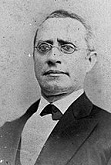


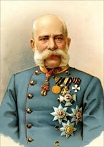










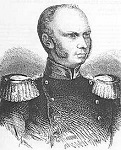



















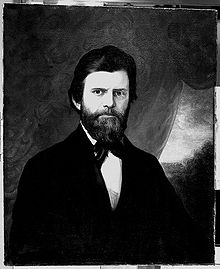



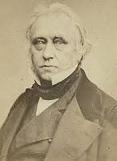












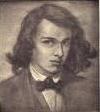




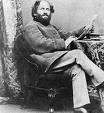

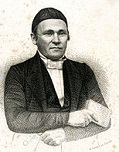

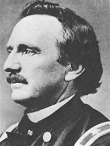


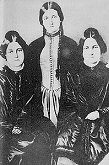















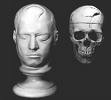

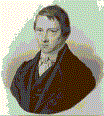



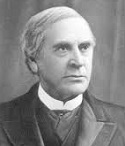
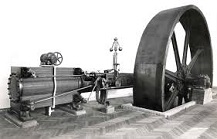
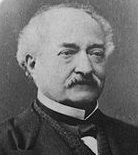

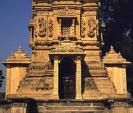


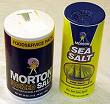
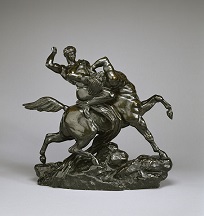
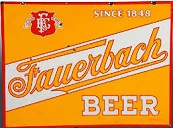
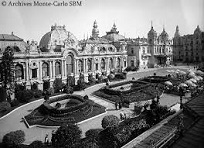
1848 There is a cholera epidemic in E North Am. (ends 1849), killing 1K in Philly; the strain disappears by modern times. After crop failures and recessions leave many of the poor on the verge of starvation, the European Revs. of 1848 (Springtime of Nations) (Springtime of the Peoples) (Year of Rev.) sees liberal revs. er, spring up simultaneously across Europe; only the Euro states of Britain, Russia, Netherlands, Poland, Serbia, and the Ottoman Empire are spared; too bad, most of them are quickly quashed, with tens of thousands tortured and killed, although the social changes later prove profound; "Society was cut in two: those who had nothing united in common envy, and those who had anything united in common terror" (Alexis de Tocqueville); Russia suffers from a major cholera epidemic, unusually dry weather causing fires and a bad harvest; at the start of the year, revolution-ripe Ugly Betty Italy is still divided into the Kingdom of Sardinia (incl. Piedmont, Genoa, Nice, Savoy), the Austrian provinces of Lombardy and Venetia, the duchies of Parma and Modena, the Hapsburg grand duchy of Tuscany, the Papal States (incl. Romagna, Ancona, Rome), and the Bourbon kingdom of the Two Sicilies. Make a run for the border? On Jan. 2 after the All Mexico idea of annexing Mexico by force is toyed with and dumped (making Pres. Polk reluctant to sign a treaty with Mexico yet), with S.C. Sen. John C. Calhoun uttering the soundbyte: "[W]e have never dreamt of incorporating into our Union any but the Caucasian race - the free white race. To incorporate Mexico would be the very first instance of the kind of incorporating an Indian race; for more than half of the Mexicans are Indians, and the other is composed chiefly of mixed tribes", and John O'Sullivan uttering the soundbyte: "There is no growth in Hispanic America... How would it kick the beam against the simple, solid weight of the two hundred and fifty, or three hundred millions - and American millions - destined to gather beneath the flutter of the stripes and stars, in the fast hastening year of the Lord 1945?", formal peace talks between the proud WASP U.S. and defeated BHRC (Brown Hispanic Roman Catholic) Mexico begin at the village of Guadalupe Hidalgo outside Mexico City, where what's left of the Mexican govt. is holed-up, trapped like brown rats by white wolves?; on Feb. 2 after Nicholas P. Trist engages them in brinksmanship, down-on-its-knees Mexico signs the grossly 1-sided dirty-deal Treaty of Guadalupe Hidalgo, ceding all of Texas above the Rio Grande, plus New Mexico and Calif. (incl. the Nevada region), a total of 529,189 sq. mi. (half of all Mexican territory, incl. the modern states of Calif., Nevada, Utah, and parts of modern Ariz., N.M., Colo., and Wyo.) (the old Aztec homeland of Aztlan?), giving the U.S. a new Am. Southwest and making it a continental power, with a 1,952-mi. 4-state (Texas, N.M., Ariz., Calif.) border with Mexico, while making "reconquista" a perennial Mexican cause, and becoming the first time that the lily-white U.S. actually doesn't want to absorb a people or steal all of their land, preferring to create a border with them racial underclassers safely on the other side, all nicely color-coded for inferiority or separated by language, religion and culture, or both; the rev.-free U.S. has completed its transformation from a cute little agrarian repub. into a continental giant; in return for the land grab the U.S. agrees to pay Mexico $15M ($300M in 2009 dollars, about enough to buy a major league sports team) and assume the claims of U.S. citizens against Mexico up to a $3.75M limit; the treaty is signed days before news of the Calif. gold strike is received; white supremacist gringo (Anglo) disdain for "inferior" Mexicans is firmly implanted, while the continental U.S. is pretty much rounded out (modulo the Gadsden Purchase in 1853); the messy town of Mesilla on the Camino Real N of El Paso is designated as the border of Mexico, causing native Mexicans on the E side of the Rio Grande River to settle there, but they have to move again in 1854 after the Gadsden Purchase gives it to the U.S.; the El Camino Real becomes an extension of the Santa Fe Trail from Mo., and the gringos begin calling it the Chihuahua Trail; Pres. Polk is actually miffed at the terms, since he is eyeing the growing movement that wants to annex all of Mexico, but his fear of Congress' shenanigans causes him to submit the treaty to them, and they ratify it on Mar. 10, ending the Mexican-Am. War (begun 1846); the last Americans leave Veracruz by the end of July, bringing back with them a new taste for cigars (and Mexican senoritas?), although chewing tobacco is still preferred in the South; the Mexican War costs the U.S. 1,721 KIA, 4,102 wounded, and 11,155 dead of disease (total 13,283), at a total cost of $98M; the first successful offensive U.S. war is also the first reported by modern war correspondents, and the first in which West Point graduates play a major role (Robert E. Lee, U.S. Grant, Thomas "Stonewall" Jackson, George B. McClellan, George Pickett, George Meade, Braxton Bragg, et al.); "There will be added to the United States an immense empire, the value of which twenty years hence it would be difficult to calculate" (Polk); "Alas, poor Mexico, so far from God and so close to the United States!" (Mexican pres. Porfirio Diaz). On Jan. 12 Scottish-born British statesman James Andrew Broun-Ramsay, 1st Marquess of Dalhousie (1812-60) becomes gov.-gen. of British India (until Feb. 28, 1856), going on to introduce the "three great engines of social improvement", passenger trains, the electric telegraph, and uniform postage, and consolidate East India Co. rule in India, engaging in centralizing activity and expansive annexations which, combined with his overbearing self-confidence later get him accused of fomenting the Indian Rebellion of 1857 - say 'IN-dya' and squint through your pince nez? On Jan. 12 Europe's first rev. of the Year of Revolution occurs in Sicily on the birthday of despotic King Ferdinand II of the Two Sicilies after the brief unity and enlightened rule of Napoleon whets their appetite for nat. union and constitutional govt., triggering an Italian Rev. aiming at ending papal rule and instituting a dem. form of govt., spreading to Venice and Milan (Cinque Giornate); the rebels first take Palermo, then all of Sicily, triggering an uprising in Naples; Ferdinand yields on Jan. 27, accepting a French-style constitution, asking for England and France to mediate when they balk at the wording; too bad, on Apr. the Sicilians declare his deposition, and declare a provisional govt., electing the duke of Genoa (son of the king of Sardinia) as king of Sicily in June, which he declines; Mistah Big Stuff Ferdinand regroups, gains the support of reactionaries, then captures Messina in Sept., his excessive bombing earning him the title "King Bomba"; on Oct. 8 the French and British impose a 6-mo. armistice - the boys in the hood are always hard? On Jan. 14 French authorities ban a liberal banquet (rally), causing it to be reset for Feb. 22. On Jan. 20 Christian VIII (b. 1786) dies, and his son Frederick VII (1808-63) becomes king of Denmark (until Nov. 15, 1863), as concern over the stability of the Danish Helstat grows, and declares himself in favor of a new liberal constitution, declaring himself a constitutional monarch on Mar. 22; he offers Holstein and Lauenberg their own constitution and the right to join the Germanic Confederation, but at the urging of the Eiderdanes he declares Schleswig an inseparable part of Denmark, having the same constitution but its own Diet, which pisses-off the Germans in the area, who on Mar. 24 revolt and set up a provisional govt. for Schleswig-Holstein (northernmost 16 states of Germany, capital Kiel). Eureka, greedy gringos go for the gold in somebody else's territory, haha, their territory? On Jan. 24 (Wed.) a gold nugget is discovered by Sutter's partner James Wilson Marshall (1810-85) in the tailrace of Sutter's Mill (Sawmill) in Coloma on the Trinity River in the foothills of the Sierras in N Calif. 50 mi. NE of Sutter's Fort on the South Fork of the American River, launching the Calif. Gold Rush (ends 1855) (300K rush in, 100K+ stay, 28.4M troy oz. of gold at $18.89 an oz. worth $536M by 1859) after a publicity stunt is staged by Sutter's Fort store owner Samuel Brannan (1819-89), a Mormon elder hoping to make a fortune outfitting gold seekers in San Francisco, causing most of the town's 800 residents to head for the gold fields within a few days; Brannan becomes the first millionaire of the gold rush; on Aug. 19 the New York Herald reports the discovery, turning on the 500K pop. crowded in too small a space and plagued by horse manure, wild dogs and pigs, and drunks from cheap whiskey; several lucky early miners make sizeable fortunes fast and easy, the news feeding "gold fever"; in Aug. Sutter's son John Augustus Sutter Jr. (1826-97) arrives to help save the claim from squatters and thieves, in vain, causing Sutter Jr. in Dec. to begin laying out the city of Sacramento, Calif. 2 mi. S of New Helvetia on the Sacramento River (modern-day pop. 490K/2.4M), incorporating on Feb. 27, 1850 (oldest incorporated city in Calif.), which becomes an overnight success, causing the father to grow bitter at the son; it is chartered as a city in 1920; on Dec. 5 Pres. Polk confirms the discovery in his Fourth Annual Message, complete with an oyster tin full of gold, starting a nationwide and later a worldwide stampede known as the Forty-Niners, ruining Sutter's land grant with claim jumping, while gold fever is further pumped up by newspaper stories about gold nuggets lining the streets and gold dust so easy to harvest that one could coat oneself with sticky stuff and roll down a hill to collect it; others see the easy riches as proof that the Am. West is God's promised land for whites, and that the U.S. was meant to have Calif. not Indians and beaners; the mining puts mercury in San Francisco Bay, which ends up in fish. The original quit to live, or the original cigar-puffing Ahnuld? In Jan. the Tobacco War erupts when Italians protest Austrian control of the tobacco monopoly, and the citizens of Milan stop using tobacco, causing Bohemian-born Austrian marshal Johann Josef Wenzel Radetzky von Radetz (1766-1858) to order his soldiers to smoke large cigars in the streets - that'll fix 'em: secondhand smoke? In Jan. Charles Albert expands the Piedmont army. In Jan. after trying to stop the British from messing with him in vain, Gen. Andries Pretorius picks up and moves farther N past the Vaal River (trans-Vaal, get it?), settling in the Magaliesberg Mts., then declares a "war of freedom", and raids back S, capturing Bloemfontein on July 20, but is defeated on Aug. 29 at the Battle of Boomplaats (Boomplaas) by the Brits under lt. gen. Sir Harry Smith (Henry George Wakelyn Smith) (1787-1860), and skedaddles back N, after which the Brits put a £2K reward on his head (until 1852). On Feb. 1 London Tribune reporter (managing ed. Richard Henry Dana Jr. - a coincidence? Did he mention his California days?) Karl Marx (1818-83) and Friedrich Engels (1820-95) pub. The Manifesto of the Communist Party in London as a broadside for the coming revolutions, containing the immortal soundbyte: "When, in the course of development, class distinctions have disappeared, and all production has been concentrated in the hands of a vast association of the whole nation, the public power will lose its political character. Political power, properly so called, is merely the organized power of one class for oppressing another. If the proletariat during its contest with the bourgeoisie is compelled, by the force of circumstances, to organize itself as a class, if, by means of a revolution, it makes itself the ruling class, and, as such, sweeps away by force the old conditions of production, then it will, along with these conditions, have swept away the conditions for the existence of class antagonisms and of classes generally, and will thereby have abolished its own supremacy as a class"; when the little revvies all fizzle the document is repub. as The Communist Manifesto 20 years later, and those who think that socialism can be implemented bloodlessly are labelled as "utopian socialists"; of course the new Communist movement is militantly atheistic and anti-clerical. On Feb. 2 the first Chinese immigrants to the former Spanish mission (founded June 29, 1776) of San Francisco in Calif. (modern-day pop. 870K/8.7M) arrive in the Eagle one week after the Calif. Gold Rush starts, adding to the seven already there; the city's pop. grows from 1K in 1848 to 25K in Dec. 1849; the city is incorporated on Apr. 15, 1850. On Feb. 8 a student revolt in Padua, Italy draws citizens on their side, holding up in the univ. and Caffe Pedrocchi. An ocean away from Europe's troubles, the white American mojo is rising, or, L.A. woman? On Feb. 13 Charles Albert yields to liberal demands and promises to create a civic guard and a 2-chamber parliament, and lowers the price of salt. On Feb. 14 Pres. Polk becomes the first U.S. pres. to be photographed while in office, by Mathew Brady. The French Revolution of 1848 is all about the workers? On Feb. 22 the French govt. stops a liberal banquet in Paris at the last minute after a public procession, causing students and workers to protest and erect barricades, beginning the February Rev. (ends Dec. 2), which controls Paris by Feb. 24, displaying a red flag which comes to represent the left wing of the Second Repub.; on Feb. 23 after being deserted by both sides, former football hero (only the strong survive) Louis-Philippe replaces conservative PM Francois Guizot with Count Louis-Mathieu Mole (Molé) (1781-1855) to appease the middle class, then on Feb. 24 replaces him with former PM (1836-40) Louis Adolphe Thiers, who is unable to gather support and resigns, causing Louis-Philippe to abdicate in favor of his grandson the Comte de Paris, then flee Paris with his family to England, where he spends the last two years of his life in Clarement as the Comte de Neuilly, trying to count sheep; the comte's mother Helene Louise of Mecklenburg-Schwering (1814-58) appears before the chamber of deputies, and rioters enter calling for a republic, which is formed with Romantic poet Alphonse Marie Louis de Prat de Lamartine (1790-1869) leading the right wing, and Socialist historian Louis Jean Joseph Charles Blanc (1811-82) leading the left wing; on Feb. 24 renowned physicist-astronomer Dominique Francois Jean Arago (1786-1853) leaves his job as dir. of the Paris Observatory to join the French provisional govt., and becomes ministry of marine and colonies, improving rations and abolishing flogging, then ministry of war on Apr. 5, abolishing black slavery in French colonies; on Feb. 25 the new govt. recognizes workers' rights, and on Feb. 26 it sets up nat. workshops to provide work relief (2 francs a day if you work, 1.5 if you don't, 2 days a week), which are flooded with the unemployed; on Feb. 27 after an abortive coup the govt. passes up the red flag for the 1789 French Rev. tricolor as the nat. flag, with the motto "liberty, equality, fraternity"; on Feb. 28 the Luxembourg Commission is created to develop a permanent plan for labor, and on Mar. 2 sweat labor is abolished, and work days reduced to 10 hours in Paris and 11 in the provinces; on May 10 Francois Arago becomes PM #25 of France (pres. of the executive power commission); on June 24 the entire commission resigns, and it all thuds to a halt. On Feb. 23 after sitting for a daguerrotype photograph (becoming the first U.S. pres. to have his picture taken), former U.S. pres. J.Q. Adams collapses on the floor of the U.S. House of Reps. while preparing to deliver a speech, and dies after more than 50 years of public service; his seat in the House is taken by Horace Mann (until 1853), who resigns from the Mass. board of ed.; the House Chamber has a small disk installed on the floor to mark the spot where he is stricken, and in 1870 after the Old Hall of the House (opened 1807) closes in 1857, it is turned into Nat. Statuary Hall - must have been all the excitement? On Feb. 29 a financial panic begins in Pressburg, Hungary among merchants after news of the French rev. reaches them, followed by a bank run on Mar. 5 in Buda; on Mar. 3 Hungarian lawyer Lajos Kossuth (1802-94), who had spent from 1837-42 in prison on trumped-up political charges, making him a hero gives a speech in the Diet calling for a repub. constitution; on Mar. 15 the 1849 Hungarian Rev. (ends 1850) begins with a march of peasants and students in the city of Pest (E side of Danube) that spreads to the nearby town of Buda (W side of Danube), calling for the Twelve Points, followed by anti-Jewish riots; the rev. govt. of Count Lajos Batthyany (Batthyány) (1807-49) is proclaimed on Mar. 30; imperial troops invade from Croatia on Sept. 11, triggering a year-long Hungarian war of independence; Kossuth is proclaimed pres. of the Committee for the Nat. Defense of Hungary, and recruits a peasant army, creating a red-white-blue (pan-Slavic colors) tricolor Croatian Flag; the Croatians are halted on Sept. 28; Austrian Field Marshal (military gov. of Bavaria) Prince Alfred I (Alfred Candidus Ferdinand) of Windisch-Graetz (Windisch-Grätz) (1787-1862) attacks the revolutionists in mid-Dec., then halts for the winter; horse and babe-loving Count Julius (Gyula) Andrassy Sr. (1823-90) begins his rise in Hungary. In Feb. Grand Duke Leopold II of Tuscany grants a liberal constitution. On Mar. 1 the French rev. spawns the copycat March Rev. in Baden, Germany, followed by others in Vienna on Mar. 12, Parma, Italy on Mar. 13, Hungary on Mar. 15, Venice, Italy on Mar. 22, and Naples, Italy on May 15 - business is beautiful? On Mar. 2 Muhammad Ali's eldest son Ibrahim Pasha (1789-1848) becomes wali and unrecognized khedive of Egypt and Sudan, dying 4 mo. later on Nov. 10. On Mar. 4 king (since 1831) Charles Albert (1798-1849) of Sardinia-Piedmont grants the Statuto, a conservative constitution. On Mar. 6 Frederick William IV appeases revolutionaries with a promise to call the Prussian Landtag, and on Mar. 8 relaxes press censorship; on Mar. 10 street demonstrations begin in Berlin, with barricades erected so fast that surprised Frederick William IV goes out on his City Palace (Stadtschloss) balcony to talk to them, and has to remove his hat as a sign of respect before they listen; army troops are called out to disperse them, but when they hold their own he promises them a new constitution, which Prussian minister Bismarck forever thinks sucks eggplant? On Mar. 11 a meeting in Prague draws up the Twelve Articles of St. Wenceslas demanding Czech-German equality in govt. services and education; on Mar. 13 students march to the Landhaus in Vienna to present a petition, are blocked, spread throughout the streets, and then fired on by the authorities, starting rioting; on Mar. 13 useless old fart yesterday's news Klemens von Metternich resigns as state chancellor (since 1809); on Mar. 15 Austrian emperor (ince 1835) Ferdinand I (1793-1875) summons the Diet, which on Apr. 25 promulgates a new constitution excluding workers and women, which fails to satisfy the revolutionists; on May 9 a new elector law gives the lower middle class and peasants the vote but still excludes workers and women, causing the Storm Petition (Sturmpetition) to be presented by revolutionists to the Hofburg, and the emperor and his family to flee Vienna for Innsbruck; on May 26 the govt. retrenches, sending the army to fight the rebel-controlled Nat. Guard, and barricades to go up throughout Vienna as a committee of safety begins controlling the city. On Apr. 27 after an uprising in the Grand Duchy of Posen against the Prussians begins, Polish nationalist poet Juliusz Slowacki (1809-49) addresses the nat. assembly, uttering the soundbyte: "I tell you that a new age has dawned, the age of holy anarchy"; too bad, the revolt is crushed by May 9, and he is arrested and exiled to Paris, soon croaking. On June 2-12 the First Pan-Slav Congress in Prague, composed of Czechs led by Bohemian historian Frantisek Palacky (Palácky) (1798-1876) ("Father of Bohemia") calls for Slavic solidarity; on June 12 Princess Windisch-Graetz, wife of Prince Alfred Windisch-Graetz is accidentally killed in a student demonstration, causing him to call in reinforcements and begin repressive measures, bombarding Prague on June 17 and crushing the Czech rev. movement; on Aug. 23 the Battle of the Prater sees demonstrating mineworkers in Vienna crushed by the govt.; on Oct. 6 a last demonstration is held, backed by the Nat. Guard, causing the emperor (since 1835) Ferdinand I to leave Vienna again and the army to be called in, which captures Vienna on Oct. 11; on Dec. 2 Ferdinand I abdicates in favor of his nephew, who becomes Hapsburg emperor Francis Joseph (Franz Josef) I (1830-1916) (until Nov. 21, 1916) (motto "Viribus Unitis" or "Mit Vereinten Kraften", meaning "With united forces"), going on to reign over his heterogeneous empire 68 duck pluckin' years and become the longest-reigning monarch in Euro history after Louis XIV of France (1643-1715) (72 years 110 days) and ? (??-??) (?? years), speaking fluent German, Hungarian, and Czech, plus a little Italian and French, and nearly always appearing in military uniform, later telling Pres. Theodore Roosevelt that he's the last remaining monarch of the Old School; a new govt. is established by Bohemian Prince Felix Ludwig von Schwarzenberg (1800-52) (nephew of the prince of Schwarzenberg who was a big Austrian field marshal during the Napoleonic Wars), who is appointed pres. of Austria in Nov., and goes on to restore the Hapsburg Empire before his premature death in 1852 throws a monkey wrench in it - the French Rev., the Rev. of 1848, and WWI are linked by this one Austrian dude, Arnold Schwarzenegger's real grandfather? On Mar. 18-22 the massive repub. demonstration known as the Five Days of Milan in Lombardy is opposed by the Austrian govt. and the liberals, and Marshal Radzetsky's troops in Milan are kept out of the demonstration until the govt. palace is attacked, but the barricades hold him; on Mar. 18 a liberal-radical govt. is established in Milan with Carlo Cattaneo (1801-69) as head, but the radicals are soon ousted and rural demonstrators are kept outside the city walls; meanwhile the Piedmontese intervene, and on Mar. 22 Sardinia-Piedmont (incl. Nice and Savoy) declare war on Austria, beginning the Austrian-Piedmontese War (ends 1848), sending troops to Milan on Mar. 26; Pope Pius IX waffles, refusing to release troops to attack a Roman Catholic nation, then on Aug. 29 publishing an ambiguous statement supporting all Catholics and declaring neutrality of the Papal States. On Mar. 20 in Bavaria the liberals force king (since 1825) Ludwig I to abdicate in favor of his son Maximilian II (1811-64), who on Mar. 28 becomes king of Bavaria (until Mar. 10, 1864). On Mar. 22 news of the Vienna rising causes the Repub. of San Marco (Venice) (ends Aug. 27, 1849) to be declared after Daniele Manin (1804-57) and his supporters seize Venice's navy yard, but fail to secure the Austrian fleet, which is filled with sympathetic sailors. On Mar. 23 student-led revolutionaries cause Austrian marshal Josef Radetzsky von Radetz and his forces to evacuate Milan, and the revolutionists declare a provisional govt. On Mar. 29 John Jacob Astor (b. 1763) dies, leaving his $20M fortune to his son William Backhouse Astor Sr. (1792-1875), who becomes the wealthiest person in the U.S. (last Astor to do it). On Mar. 31 the Fox Sisters, Leah Fox (1814-90), Margaret Fox (1836-93), and Katherine "Kate" Fox (1838-92) of Hydesville, N.Y. begin claiming that spirit rappings are coming out of their farmhouse in Hydesville, Arcadia (E of Rochester), N.Y. (guess where, the burned-over district of W. N.Y., home of Millerism and Mormonism), launching the Spiritualist Movement in the U.S., which attempts to communicate with dead spirits while raking in money from crowds of dupes; in 1888 after making fans of Horace Greeley, William Lloyd Garrison, James Fenimore Cooper, William Cullen Bryant, Sojourner Truth et al., they come clean, admitting that they caused the rappings themselves via trick joints which cause explosions in gas bubbles in synovial fluid, stinking the movement up bigtime, which doesn't stop it from reaching 8M followers by 1897 in the U.S. and Europe. In Mar. Niagara Falls stop flowing for 30 hours because of upstream ice. In Mar. Baden, Wurrtemberg and Saxony incl. liberal ministers in their govts. to appease the revolutionaries, and the S German govts. meet in Heidelberg and decide to call a meeting of the liberal leaders to plan the unification of Germany; on Mar. 31 the Frankfurt am Main Parliament (which incl. poet Johann Ludwig Uhland) rejects the radical program in favor of the liberal, calling for the election of a nat. assembly and male suffrage for every "independent" male over age 30, which is later interpreted so as to excluding working men; 60-y.-o. old fart gymnastics man Friedrich Ludwig Jahn is also elected to the Frankfurt parliament - the first Gov. Ahnuld? In Mar.-Apr. railroad and waterway workers in Germany begin violent protests, destroying the Taunus Railroad on Apr. 5.; meanwhile other German workers rise, organizing strikes and demanding higher wager; peasants, esp. in the south also rise against the manors. On Apr. 3 the Chicago Board of Trade in Ill. is founded by 83 merchants at 101 S. Water St. On Apr. 8 a provisional govt. is formed in Lombardy. On Apr. 10 the monster Kennington Common Procession of Chartists presents a petition to Parliament, which is found to have not 5M but only 2M signatures, many of them forged, and the resulting ridicule finally kills Chartism, and all popular agitation for parliamentary reform in England along with it for many years. In Apr. 15-16 the Pearl Incident sees 70 runaway slaves from Washington, D.C., incl. a former slave of Pres. Madison who had worked at the White House stage a publicity stunt to make the U.S. think twice about extending slavery, hiring the schooner Pearl to take them down the Potomac River to Chesapeake Bay, but their plot is discovered, causing a steamboat to set out from Georgetown to catch them, resulting in a dramatic escape to freedom. On Apr. 23 French elections give moderate (Lamartine) Repubs. a V (500 seats), with Louis Blanc's left wingers winning less than 100, the Legitimists (Bourbon royalists) 100, and the Orleanists 200. On Apr. 30 Sardinia defeats the Austrians at the Battle of Pastrengo, and again on May 30 at the Battle of Goito. In Apr. military-school grad. Franz Sigel (1824-1902) leads the "Sigel-Zug", a 4K-man volunteer rev. militia in a siege of Freiburg, only to be annihilated on Apr. 23 by prof. Prussian and Wurttemberg troops; after becoming CIC of the Baden military next year, he ends up fleeing to Switzerland, England and the U.S., becoming an Am. Civil War Union gen. On May 3-9 the May Uprising in Dresden lures Richard Wagner into taking part, and when it is quashed he is forced to flee to Zurich - play that funky music, white boy? On May 15 workers in Paris riot over the harsh conditions of the nat. workshops, attempting to overthrow the newly elected Constituent Assembly; artisans also participate, changing the urban social protest base?; Louis Auguste Blanqui (1805-81) of France, who was pardoned early in the year from a life sentence for an 1839 insurrection receives a 10-year sentence (until 1859), using the time to study up on Socialism, originating the theory of the dictatorship of the proletariat, which later is the soap for doing all the Russian dirty Lenin? On May 15 a new uprising in Naples led by radicals mad at Ferdinand for not revising the constitution is put down, and the radicals driven out of Naples; the Nat. Guard is dissolved. On May 18 the Frankfurt Parliament (Nat. Assembly) convenes in the Paulskirche (until May 31, 1849), becoming the first freely elected parliament for all of Germany (39 member states), with mainly middle-class reps. On May 22 the Prussian nat. assembly convenes with a strong leftist element, drafting a new constitution, countering the govt.'s proposed new Belgian-style constitution drafted by Rudolf Camphausen. On May 29 "Badger State" (after 1820s lead miners who lived in caves in hillsides like badgers) Wisconsin (Wisc.) is admitted as the 30th U.S. (free) state, becoming the last Northwest Territory state; on June 7 Dem. Nelson Dewey (1813-89) becomes Wisc. gov. #1 (until Jan. 5, 1852). On May 29 Charles Albert intervenes in the Austrian-Piedmontese War in an attempt to unite Piedmont and Lombardy. On May 29 a referendum approves a union of Piedmont and Venice. In May the Blaj Assembly demands that Romania become an autonomous entity of the Austrian Empire, with Transylvanian orthodox bishop (St.) Andrei Saguna (1809-73) as PM #1, unsuccessfully trying to effect a compromise until Sept. when the conflict between the Hapsburgs and Hungarians erupts, after which in Oct. they are allowed by Vienna to create a loyalist admin. in Sibiu, Transylvania. In May after becoming the first Euros to enter Africa from the Indian Ocean coast in 1846, then setting out last Oct. 16 to find the "mountain of Kenya", German Lutheran missionary explorers Johann Ludwig Krapf (1810-81) and Johannes Rebmann (1820-76) claim to sight 16,100-ft. (4.9km) Mount Kilimanjaro, incl. seeing snow, which is disbelieved for 12 years; on Dec. 3, 1849 Krapf claims to sight 7,058-ft. Mt. Kenya (with three peaks, Batian, Nelion, and Lenana, all named after great local ancestral chiefs), the #2 highest mountain in Africa, containing 12 glaciers despite being near the equator; nobody believes him, and it takes 34 years to rediscover it - that story's a pile of krapf? In May after Pres. Polk refuses to run for a 2nd term the Dems. nominate pro-"squatter sovereignty" Mich. Sen. (1845-57) and U.S. war secy. (1831-6) (who supported the forcible removal of Indians beyond the Mississippi and backed Pres. Jackson in the nullification crisis) Lewis Cass (1782-1866) at the 1848 Dem. Nat. Convention in Baltimore, Md.; the Barnburners (N.Y. Dems.) bolt the convention, join up with James G. Birney's Liberty Party (their candidate John P. Hale withdraws), and form the anti-slavery Free-Soil Party, opposing admission of new slave states into the Union, which on Aug. 9 nominates Martin Van Buren for pres. and Charles Francis Adams (son of J.Q. Adams) for vice-pres. at its convention in Buffalo, N.Y.; U.S. Supreme Court judge (1830-61) John McLean (1785-1861) was the original pres. candidate until the abolitionist North Star newspaper revealed in July that he once gave instructions to the jury in the Crosswait trial telling them it was a crime to thwart any attempt by a white person to respossess a runaway slave, pissing-off abolitionist Salmon P. Chase, who got him replaced. On June 9 the Miracle of the Gulls sees hordes of flightless katydids threaten the Mormons' first crop of 5K acres of grain, until in June flocks of Calif. seagulls from the Great Salt Lake arrive just in time, and they are saved, causing the Morons, er, Mormons to believe it's a miracle and make the sea gull the state bird of Utah, complete with a Seagull Monument in Salt Lake City. On June 11 the Wallachian Rev., led by Nicolae Balcescu (1819-52) takes over Bucharest for two days until it is quashed by the Ottomans; on Sept. 13 Balcescu is arrested, and ends up in exile. On June 22-26 the June Days Rebellion starts when workers erect barricades in Paris, and are ruthlessly crushed by Gen. Louis Eugene Cavaignac (1805-57); the govt. backlash ends up in labor legislation reversed, and new restrictions on civil liberties; Louis Blanc flees to England (until 1870). On June 28 Archduke John of Austria is appointed provisional executive head of Germany, but never sets up a govt. because of the Schleswig rising, which causes Prussian troops to be sent at the request of the Frankfurt Parliament. In June with slavery now the big nat. issue, and the two blocs balanced at 15 states each, but neither party able to address it because each party has national pretensions and is internally split, the Whigs pass over Henry Clay and nominate Mexican War hero, La. planter, and slave owner (father-in-law of Miss. Sen. Jefferson Davis) Gen. Zachary Taylor at their convention in Baltimore, Md., with former New York Rep. Millard Fillmore as vice-pres., causing the Conscience Whigs to join the new Free Soil Party, which nominates Martin Van Buren for pres. and Charles Francis Adams for vice-pres., then rejoin after the election, with many Conscience leaders later helping found the Repub. Party. Never trust anyone over 30? On July 4 Congress authorizes yet another new U.S. flag, breaking the 20s threshold with 30 (design #12), incl. Wisc. On July 4 15K-25K attend a celebration in Washington, D.C. for the laying of the cornerstone to the Washington Monument (finished 1884); Ill. Rep. Abe Lincoln attends, along with James and Dolly Madison. On July 20-Sept. 20 the Frankfurt German Workers' (Labor) Congress drafts the Industrial Code, demanding a return to the traditional guild systems and a corporatist state. On July 23-26 Austrian marshal Josef Radetzsky defeats the Piedmontese army of Charles Albert at the Battle of Custoza, and on Aug. 9 an armistice with Piedmont is signed at Vigevano in Lombardy; on Aug. 7 Radetzky enters Milan promising leniency, and signs the Armistice of Salasco on Aug. 9 with Piedmont, which gives up Lombardy; the Austrian fleet blockades Venice, and forces the Sardinian troops to leave. Millennium Fever Cushion gives even women courage to step out? On July 19-20 the Seneca Falls Women's Rights Convention in N.Y., organized by wealthy married feminists Elizabeth Cady Stanton (1815-1902) and Lucretia Mott (1793-1880 (a Quaker) meets at the Wesleyan Chapel, becoming the world's first women's rights convention, attended by over 100, incl. 32 male lechers, er, sympathizers, with the aim of enfranchisement of women; Stanton is the principal author of its Declaration of Sentiments and Resolves, patterned after the U.S. Declaration of Independence, with the soundbytes: "All men and women were created equal" and "The right is ours, have it we must, get it we will"; the public reaction is to ridicule the "shrieking sisterhood" and accuse them of being drunken sluts or whores, with Horace Greeley and William Lloyd Garrison being among the few supporters; suffragist speakers are later attacked by gangs of street bullies; the convention is also attended by sisters Sarah Grimke (Grimké) (1792-1873), Angelina Grimke (Grimké) (1805-79), Quakers James Mott (1788-1868) (hubby of Lucretia), and Amelia Jenks Bloomer (1818-94); spinster teacher Susan Brownell Anthony (1820-1906) (back when that doesn't mean lezzie teacher?) doesn't attend, and doesn't meet Stanton until Mar. 1851 - there's a reason we call it merry maids? A duck, a hen, a cuckoo and a nightingale, with more birds to come, robins and larks? In July the Young Ireland Movement starts an unsuccessful rising in famine-depleted Ireland; this time the rebels come from the middle class, and the leader is lawyer-journalist John Mitchel (1815-75), ed. of The Nation and The United Irishman, who is railroaded to 14 years in Van Dieman's Land (Tasmania) for "felony treason" for his writings, is given a "ticket of leave" in Bothwell (46 mi. from Hobart Town), where he begins his Jail Journal: Five Years in British Prisons, escaping to the U.S. in 1853, returning to Ireland in 1874 and getting elected as MP for Tipperary, then refused his seat because he is a convicted escaped felon; novelist Charles Joseph Kickham (1828-82) lucks out this time, but gets 14 years in 1865, and is pardoned in 1869, sticking to lit. work afterward. In July-Sept. Edward Fitzgerald Beale of the U.S. Navy crosses from San Francisco, Calif. to Mexico in disguise to bring the Mexican govt. proof of Calif. gold. On Aug. 14 the Oregon Territory is established; an act provides that income from two sections (1,280 acres) in each township will be set aside for education; next year the territorial legislature passes laws proviidng for a free public school system. On Aug. 16-18 the 300-400 member Junker Parliament in Berlin repudiates the attempted abolition of manorial rights in the name of protection of property, which actually is popular in the countryside? On Aug. 26 the Armistice of Malmo (Malmö) is signed by Denmark and Prussia, and Prussian troops evacuate Schleswig, pissing-poff German nationalists, causing the Sept. Crisis of 1848 in Germany as the Frankfurt nat. assembly rejects the armistice then flip-flops and accepts it by a narrow margin on Sept. 16 after 10K meet in Worringen on Sept. 10 and call for a "Red Repub.", followed by an armed uprising in Frankfurt am Main against the assembly on Sept. 18, which is quashed by Prussian and Austrian troops, only to see a "German Repub." proclaimed on Sept. 21 in Lorrach by Gustav (von) Struve (1805-70), rescinding all debts owed to the aristocracy, state and Church, which is also put down by govt. troops. In Aug. uprisings in Tuscany and Bologna are put down by liberal govts. next year Bologna is taken by Austria (until 1859). On Sept. 12 the new 1848 Swiss Federal Constitution replaces the Pact of 1815, organizing Switzerland as a federal union modeled on the U.S., with a council of state (Standerat) and a nat. council (Nationalrat) elected by universal male suffrage; the 7-member federal council (Bundesrat) is elected by the two chambers, with a pres. that has weak powers. On Sept. 5 Persian shah (since Oct. 23, 1834) Mohammad Shah Qajar (b. 1808) dies of gout, and on Sept. 17 his ignorant son Naser (Nasser) (Nasr) al-Din (ed-Din) Shah (1831-96) becomes Qajar shah #4 of Persia (until May 1, 1896), going on to rule as a dictator and persecute Babis and Bahais while leading a dissolute sex life and letting Russia take it apart piece by piece for almost 50 years; at first he retains capable minister (since May 12) Amir Kabir (Mirza Taghi Khan Farahani) (807-52), but has him executed on Nov. 13, 1851 after three years, and sells governorships of cities to his servants and borrows large sums of money to pay for two dissolute trips to Europe accompanied by the boy Malijak, who he believed brought him good luck; overhearing some intellectuals talking behind his back, he had them thrown in a well, shot, and buried alive; he becomes the first Persian monarch to write and pub. a diary. On Sept. 6 Henry David Thoreau finally leaves Walden Pond, where he's been communing with Nature since July 4, 1845. On Sept. 13 U.S. railroad worker ("Am. Crowbar Case") Phineas P. Gage (1823-60) gets a 3-ft. rod through the jaw and brain in Cavendish, Vt., which doesn't kill him, but destroys his frontal lobes and changes his personality, causing a rev. in thinking about brain functions being localizable. On Sept. 24 Branwell Bronte (b. 1817) dies shortly after sister Anne pub. her 2nd novel (Aug.), then Emily (b. 1818) dies of TB on Dec. 19, and Anne (b. 1820) dies of TB next May 28, leaving only Charlotte, who lasts until 1855, for a total of ten years of producing madly-in-love classic lit.? On Sept. 24 Charles Fontayne and William Porter take the first daguerreotype of a human in Cincinnati, Ohio? On Oct. 11 the Netherlands adopts a liberal constitution, which becomes the model for all future constitutions (until ?). On Nov. 4 the French nat. assembly drafts a new constitution with a strong pres. and single chamber, both elected by universal direct male suffrage; the new motto is "liberty, equality, fraternity, plus family, work, property and public order"; the right to work is replaced by the right to fraternal assistance; it is repealed on Jan. 14, 1852. On Nov. 7 the 1848 U.S. Pres. Election sees for the first time voters in all 30 U.S. states (except Mass.) go to the polls on the same day; Taylor receives a slight majority of the popular vote (163 electoral votes to Cass' 127); Van Buren receives 10% of the popular vote, not carrying a single state but costing Cass the election; former N.Y. gov. William H. Seward is elected U.S. Sen. from N.Y. On Nov. 10 Prussian troops under Gen. von Wrangel return to Berlin, and a state of siege is declared in Prussia after Frederick William IV appoints Count Friedrich Wilhelm, Count Brandenburg (1792-1850) (son of Frederick William III) as PM and orders the moving of the Prussian Assembly to Brandenburg; on Dec. 5 the assembly is dissolved and a new constitution is proclaimed, creating three unequal classes of voters based on wealth, with the divine right of kings affirmed. On Nov. 15 conservative papal minister of the interior (former French ambassador to Rome) Pellegrino Rossi (Luigi Edoardo Pellegrino, Count Rossi) (b. 1787) is assassinated on the steps of the assembly, causing demonstrations in Rome on Nov. 16, backed by the army and nat. guard, causing Pope Pius IX to agree to a radical govt. and the election of a nat. assembly; the new govt. abolishes the flour tax and begins public make-work programs; on Nov. 24 the pope flees Rome for Gaeta in Naples. Don't them Frogs ever learn not to trust Napoleons to lead them? On Dec. 10 Prince Charles Louis Napoleon Bonaparte (1808-73), nephew of Napoleon I is elected pres. (until May, 1852) of the new French Second Repub. with a landslide V of 5,327,345 votes to 1,879,298 for his opponent Cavaignac; on Dec. 20 he is sworn in, and appoints an Orleanist ministry despite a Republican nat. assembly. Serfdom is abolished in Austria. The French declare Berber-filled Algeria an integral part of France (ends 1962). A liberal revolt in Guatemala causes Rafael Carrera to resign, but he stages an army coup, driving the liberals into exile. A revolt of the British and their Miskito Indian allies in San Juan del Norte (Greytown) in Nicaragua proclaims the Kingdom of Mosquitia (ends 1894); the U.S. (always on the side of the kiddie kabob when the episode airs? backs the conservative Nicaraguan govt. The Second Anglo-Sikh War begins (ends 1849). Nova Scotia becomes the first area in Canada to receive local self-govt. Now that the military is down in the southwest, they might as well mop up some loose ends? The Navajo Wars with the U.S. govt. begin (end 1868). Ala. Dems. clamor for a federal slave code to protect the property of slaveholders in the new territories acquired from Mexico in the Platform of the Alabama Democracy, authored by former U.S. rep. William Lowndes Yancey (1814-63). The Treason Felony Act of 1848 is passed in Britain, making it a crime to "compass, imagine, invent, devise", or intend to "move or stir" any foreigner to "invade the United Kingdom or any other country belonging to the Queen". The first Public Health Act is passed in Britain. After lobbying efforts by Paulina Wright Davis (1813-76), N.Y. passes a law giving wives control of property owned before marriage. Sir John Franklin's expedition completes the discovery of the Northwest Passage despite all the other members of the expedition perishing; his failure to return causes the launching of the Franklin Relief Expeditions (ends 1859), which end up discovering and mapping major portions of Arctic regions of North Am. Philly-born explorer Elisha Kent Kane (1820-57) joins the U.S. Marine Corps to fight in the Mexican-Am. War, capturing and befriending Mexican Gen. Antonio Gaona and surveying the Gulf of Mexico. U.S. Army topographical engineer William Franklin Raynolds (1820-94) leads a party that ascends 18,491 ft. (5,636m) Pico de Orizaba (citlaltepetl), on the border between Veracruz and Puebla, tallest mountain in Mexico, setting an Am. alpine alt. record that lasts for 50 years. The settlement set up by Stephen W. Kearny in Nebraska Territory by the Platte River becomes tent fort Ft. Kearny; it is abandoned in 1871. The Shawnee (Sedalia) (Kansas) Trail across Indian Territory into Tex. is created by immigrants to Tex., later becoming known as the Texas Road, carrying Tex. Longhorn cattle N; it later becomes part of U.S. Route 69. The first 152 settlers aboard the Mooltan arrive in Dunedin on the the SE coast of South Island, New Zealand (modern pop. 100K). Kamehameha III institutes the Great Mahele (Hawaiian "to divide or portion") Western-style land ownership in Hawaii, awarding five land divs. to chiefs who supported his father, and keeping eight for himself. Vietnam cracks down on Roman Catholic missionaries and believers, leading to increased French attacks from Cochin China. The Am. Assoc. for the Advancement of Science (AAAS) is founded in Philadelphia, Penn., based on the British assoc., to make science a profession and keep quacks out and raise salaries? John Humphrey Noyes (1811-86) of Brattleboro, Vt. founds the Oneida Community of Biblical Communist Perfectionists in Putney, Vt.; after being expelled, it settles in Oneida, N.Y. (until 1880); its members believe that Christ has already returned, and that true believers should renounce private property and marriage, although they are permitted "complex marriage", i.e., sleeping around, with conception controlled by the leaders using eugenic principles; the group establishes several successful manufacturing enterprises, which raise their capital from $67K to $600K by 1880, when they are again expelled, and most members quit, marry, and form the joint-stock Oneida Community Ltd., while the remainder move to Canada. The Pre-Raphaelite Brotherhood of painters, poets, and critics is founded in England, seeking a return to the good ole non-industrial days before the time of artist Raphael, achieving the high moral tone and purity of medieval painting, refusing to paint anything they didn't paint before Raphael; members incl. Dante Gabriel Rossetti (1828-82), John Everett Millais (1829-96) (most famous), William Holman Hunt (1827-1910), and James Collinson (1825-81), who all sign their paintings "PRB"; Dante's brother, writer William Michael Rossetti (1829-1919) becomes their bibliographer; art critic Frederic George Stephens (1828-1907) models for them; it is later joined by homoerotic artist Simeon Solomon (1804-1905), Thomas Woolner (1825-92), Henry Holiday (1839-1927), and Sir Edward Coley Burne-Jones (1833-98), who produces some of the best - it's not time to widen the definition of beauty? U.S. army man Ulysses Grant (b. 1822) marries Julia Dent (1826-1902); they have 3 sons and 1 daughter - she put a dent in the granite? Russian writer Nikolai Gogol goes to the Holy Land, and on his return is taken in by priest Matthew Konstantinovsky, who convinces him that writing fiction is a sin, causing him to destroy his unpub. mss. - like Johnny Depp would probably do? The mother of French brothers Edmond de Goncourt (1822-96) and Jules de Goncourt (1830-70) dies and leaves them a legacy after getting them to promise to spend their lives in the closest association as lit. collaborators (Naturalism writers), and they never are apart except for a single 24-hour period until the death of Jules. The title of Clan MaDonald of Keppoch in Scotland goes dormant; in 2006 after a 20-year battle, Ranald MacDonald (1831-1916) wins a court battle to be named chief of the clan, getting a coat of arms, a tartan, and a motto, uttering the soundbyte The record has been straight; that is the point." The word "leak" is first used in a journalistic sense. The word "Old" is added to the title of the Farmer's Almanac, pub. since 1792. The term "World war" is coined by the People's Journal of Scotland. Elihu Burritt (1810-79) founds the pacifist League of Universal Brotherhood, which establishes branches in the U.S. and Europe; too bad, the U.S. Civil War causes the U.S. peace movement to implode? After the Brazilian slave ship L'Elizia was captured near Loango in 1846 and the slaves freed, Libreville on the Komo River near the Gulf of Guinea in modern-day Gabon (named in honor of Freetown, Sierre Leone) is founded by the French for them. Slavery is abolished on Reunion Island, and indenturied servants from India and SE Asia are brought in to work the sugar plantations. Radical utopian socialist Etienne Cabet (1788-1856), who was convicted of treason in France and forced into exile after the 1830 July Rev., then returned to France after the amnesty of 1839 and founded the Icarians (Icarian Society) and the journal Le Populaire sends a group of his followers to Texas to set up a Communist community, but they leave for New Orleans before he can join them, then they all move to Nauvoo, Ill., and prosper until 1856. After opening two lunatic asylums in Hammersmith last year, where he pioneers humane methods of treatment, English psychiatrist Forbes Benignus Winslow (1810-74) founds the Quarterly Journal of Psychological Medicine (until 1864). The U.S. Mint coins 1,389 $2.50 gold pieces with gold from Calif. Busy man, you got time for breakfast? Otto von Bismarck founds the Neue Preussische Zeitung. Charles Philipon founds Le Journal pour Rire. John Jacob Astor donates $400K for the Astor Public Library in New York City. Boston Public Library, the first free municipal tax-supported library system in the world is founded in Boston, Mass. Roman Catholic Ottawa (Bytown) College is founded in Canada, becoming a univ. in 1866, and one of four North Am. pontifical univs. in 1899. Queen's College for women on Harley St. in London is founded by Christian Socialist theologian Frederick Denison Maurice (1805-72), prof. at King's College in London (1840-53); its mission is to educate governesses. Girard College is founded in Philadelphia, Penn. with $5.26M from the will of Stephen Girard (d. 1831) after a challenge is thrown out by the U.S. Supreme Court; it opens with 100 pupils and 17 instructors, and within a cent. grows to 1.5K students doing primary thru high school level work. Neue Freie Presse, founded by August Zang (1807-88) begins pub. in Vienna on July 3 (until ?); it later changes its name to "Die Presse". German poet-in-Paris Heinrich Heine becomes bedridden from a painful paralyzing spinal disease. German physician Julius Robert von Mayer sees two of his children die, and his brother get mixed up in rev. activities, causing him to attempt suicide next year by jumping from a 3rd story window, crippling him; in 1851 he ends up in a mental institution, treated like a dog. The Walter E. Fernald State School (originally the Mass. School for Idiotic Children) in Waltham, Mass. is founded by abolitionist physician Samuel Gridley Howe (1801-76) (husband of Julia Ward Howe, who calls him "Chev"), becoming the first publicly-funded inst. in the Western hemisphere for people with developmental disabilities; in 1925 it is renamed after the first resident supt. Walter E. Fernald (1859-1924) (a eugenicist). Morton Salt Co. is founded in Chicago, Ill. by E.I. Wheeler, and is later purchased by Joy Morton (1855-1934), son of Arbor Day founder J. Sterling Morton, changing to its present name in 1910, developing its motto "When it rains it pours" in 1911, and its logo the Morton Salt Girl in 1914; magnesium carbonate is used to absorb moisture and prevent caking in 1911. The first macaroni factory is founded in the U.S. by Antoine Zegera in Brooklyn, N.Y. Fauerbach Brewery is founded in Madison, Wisc. by Bavarian immigrant Frederick Adam Sprecher, reaching 3K barrels/year, surviving Prohibition and reaching 8M bottles/year in 1961 and 75K barrels/year before closing in 1967. Architecture: On July 4 Pres. Polk lays the cornerstone of the Washington Monument in Washington, D.C.; it is not completed until 1884 after each state is invited to donate a memorial stone. After the towns of Menton and Roquebrune break away and quit paying taxes, Princess Caroline of Monaco tries to save the House of Grimaldi from bankruptcy by founding a casino; in 1854 French businessman Napoleon Langlois and French writer Albert Aubert are granted a 30-year concession, and open the first casino the Villa Bellevu in 1856, selling it in 1857 to Pierre Auguste Daval; in 1863 the Monte Carlo Casino, designed by Gobineau de la Bretonnerie opens, along with the Hotel de Paris Monte-Carlo, but after they can't handle the load, a 50-year concession is acquired by French entrepreneur Francois Blanc (1806-77) AKA "the Magician of Homburg", who obtains 15M francs in capital from investors incl. Cardinal Pecci (future Pope Leo XIII), becoming known as "the Magician of Monte Carlo"; in 1878 the casino is redesigned by Jean-Louis Charles Garnier (1825-98) and Jules Dutrou (1819-85). Pres. Fillmore commissions Thomas Ustick Walter (1804-87) to supervise enlargement of the U.S. Capitol (1848-1862), during which time he also completes the U.S. Treasury Bldg. and the Washington, D.C. Post Office. The Jainist Temple of Hathi Singh (Hutheesing) is built in Ahmedabad, India, capital of Bombay and Gujarat states. The Mosque of Muhammad Ali (begun 1830) in Cairo is completed. Inventions: Rudolph Bottger of Frankfurt am Main, Germany invents the first safety matches, with the phosphorus placed on the box for striking. Easton, N.Y.-born engineer George Henry Corliss (1817-88) of Providence, R.I. invents the Corliss Steam Engine, and patents it next Mar. 10, delivering 30% more fuel efficiency than previous steam engines. The Plymouth Rock Chicken, a hybrid of Asian and English varieties is first displayed in Boston, Mass. as a "mongrel of little worth". The first commercial Bubble Gum is manufactured by John B. Curtis in Maine. Playing cards are manufactured in New York City that use presidents instead of kings (Washington is hearts, Adams is diamonds, Franklin is clubs, Lafayette is spades), the queens are Venus, Fortune, Ceres, and Minerva, and the jacks are Indian chiefs. Science: Jean Foucault observes that a sodium flame that emits a D spectrographic line also absorbs that line from the light of a sodium arc. ? Hancock performs the first appendectomy. Bavarian priest Sebastian Kneipp (1821-97) introduces cold water cures in Worrishofen, Germany - the celibate oughta know about cold water? Saturn's moon Hyperion is discovered by William Lassell of England. Louis Pasteur separates tartaric acid into its two racemates, components with mirror-image structures, founding Stereochemistry. Scottish physician Sir James Young Simpson (1811-70), who discovered the soporific properties last year first uses Chloroform for anesthesia during childbirth, after which in 1853 English physician John Snow (1813-58) uses it during the delivery of Queen Victoria's son Leopold, causing Simpson to become the first person to be knighted for services to medicine; meanwhile Dr. Horace Wells tries it on himself for a week in Jan., goes crazy and throws sulfuric acid on two hos, causing him to be committed to Tombs Prison in N.Y.; when he comes to, he takes more chloroform, then slits a l eg artery with a razor and commits hari kari. Friedrich Wohler discovers hydroquinone, a relative of carbolic acid (phenol). Nonfiction: Paul Emile Botta (1802-70), Memoires de l'Ecriture Cuneiforme Assyrienne; by the man who uncovered Sargon II's palace; Inscriptions Decouvertes a Khorsabad; by the man who excavated the ruins near Mosul. Henry Charles Carey, The Past, the Present, and the Future; abandons free trade. James Dwight Dana (1813-95), Manual of Mineralogy; becomes std. textbook. John Bovee Dods (1795-1872), Six Lectures on the Philosophy of Mesmerism. Orson S. Fowler, A Home for All; on the virtues of octagonal houses, which he invents and become popular through the 1860s. Asa Gray (1810-88), A Manual of the Botany of the Northern United States, from New England to Wisconsin and South to Ohio and Pennsylvania Inclusive; becomes the #1 U.S. botany manual, going through 6 eds. during his lifetime and reaching the 8th ed. by 1850 as "Gray's Manual of Botany", proposing the Asa Gray Disjunction, the surprising morphological similarities between E Asian and E North Am. plants. Manual of the Botany of Northern United States; becomes the #1 botany manual, reaching the 8th ed. by 1950 as "Gray's Manual of Botany". Jakob Grimm (1785-1863), History of the German Language. Henry William Herbert (1807-58), Field-Sports of the United States and the British Provinces. Alexander Herzen (1812-70), From the Other Shore (1848-50). Bruno Hildebrand (1812-78), Economics of the Present and the Future; his magnum opus; claims that economic development is linear not cyclical; too bad, he is sentenced to death for treason, and flees to Switzerland, where he becomes a prof. at the U. of Zurich with Swiss citizenship. Soren Kierkegaard (1813-55), Christian Discourses. Eliphas Levi (1810-75), The Testament of Liberty. James Russell Lowell (1819-91), A Fable for Critics. Thomas Babington Macaulay (1800-59), The History of England from the Accession of James the Second (5 vols.) (1848-61)l covers 1685-1702; known for its cool prose combining the dramatic style of Thucydides and Tacitus with the learned factual style of David Hume, pushing the Whig interpretation of British history, i.e., that it represents the march of civilization itself, with anybody standing in its way being a villain; too bad, he dies before he can finish it; "A systematic falsifier of history" (Karl Marx). Harriet Martineau (1802-76), Eastern Life, Present and Past. John Stuart Mill (1806-73), Principles of Political Economy; 7th ed. 1871; used by Oxford U. until 1919; claims that internat. trade benefits the country whose demand for goods is most elastic; argues that Malthus' scenario can be defeated when technology advances faster than population and capital stock increases; shows sympathy with Fourierism and socialism, making him popular with the working classes. Edgar Allan Poe (1809-49), Eureka: A Prose Poem; based on his lecture "The Universe". William J. Powell (-1848), Tachyhippodamia: The New Secret of Taming Horses; how to be a horse-whisperer; based on the original horse-whisperer Daniel Sullivan (-1810). Lucius Manlius Sargent (1786-1867), The Temperance Tales (2 vols.) Mary Somerville (1780-1872), Physical Geography. Platt Rogers Spencer (1800-64), Spencer and Rice's System of Business and Ladies' Penmanship (Spencerian or Semi-Angular Penmanship); teaches the Spencer Method of cursive handwriting, developed in 1840, which becomes the U.S. std. until the advent of the Palmer Method of Austin Palmer in 1888 and the widespread use of typewriters in the 1920s. John Sterling (1806-44), Essays and Tales (posth.) (2 vols.). Daniel Stern (1805-76), Lettres Republicaines. Ambroise Verschaffelt (1825-86), Nouvelle Iconographie des Camellias (1848-60). Richard Whately (1787-1863), Historic Doubts Relative to Napoleon Bonaparte; disses Gospel skeptics. Art: Antoine-Louis Barye (1796-1875), Lapith and the Centaur (bronze sculpture). Rosa Bonheur (1822-99), Ploughing in Nivernais. George Cruikshank (1792-1878), The Drunkard's Children (drawing). Thomas Couture (1815-79), Romans in the Decadence of the Empire. Frederick Denison Maurice (1805-72), Moral and Metaphysical Philosophy. Jean Louis Ernest Meissonier (1815-91), Soldiers. John Everett Millais (1829-96), Ophelia. Jean Francois Millet, The Winnower. Pierre Etienne Rousseau (1812-67), The Edge of the Forest; his masterpiece, exhibited in the Salon, making him PC again. Music: Stephen Foster (1826-64), Oh! Susanna (Feb. 25); brings him instant fame, becoming the anthem of the Calif. Gold Rush; Foster steals his melodies from waterfront blacks in Cincinnati and elsewhere, making him the 19th cent. Elvis?; "I came from Alabama, Wid a banjo on my knee,/ I'm gwyne to Louisiana, My true love for to see./ It rain'd all night the day I left, The weather it was dry,/ The sun so hot I froze to death; Susanna, don't you cry"; chorus: "Oh! Susanna, Oh don't you cry for me,/ cos' I've come from Alabama, Wid my banjo on my knee"; in the 20th cent. un-PC lyrics get it into trouble: "I jumped aboard the telegraph, /And trabbled down the riber,/ De lectric fluid magnified,/ And killed five hundred nigger." Fromental Halevy (1799-1862), Le Val d'Andorre (opera). Johann Strauss I (1804-49), Radetzky March, Op. 228; named for Joseph Radetzky von Radetz (1766-1858); the audience is expected to clap and stomp their feet during the chorus. Giuseppe Verdi (1813-1901), Il Corsaro (The Corsair) (opera) (Oct. 25) (Teatro Grande, Trieste); libretto by Francesco Maria Piave; based on Lord Byron's poem "The Corsair". Plays: Emile Augier (1820-89), L'Aventuriere. George Henry Boker (1823-90), Calaynos (tragedy). Poetry: J.Q. (John Quincy) Adams (1767-1848), Poems of Religion and Society. Janos Arany, The Bards of Wales (A Walesi Bardok); the Welsh campaigns of Edward I Longshanks are used to parallel Austria's trashing of Hungary. Arthur Hugh Clough (1819-61), The Bothie of Tober-na-Vuolich; hexameter. Isaak da Costa (1798-1860), Hagar. Emmanuel von Geibel, Juniuslieder. Dorothy Greenwell, Poems. Leigh Hunt (1784-1859), A Jar of Honey from Mount Hybla; The Town (2 vols.). John Keats (1795-1821), The Eve of St. Mark (posth.); "Upon a Sabbath-day it fell;/ Twice hoy was the Sabbath-bell,/ That call'd the folk to evening prayer." Charles Kingsley (1819-75), Old and New: A Parable; "So fleet the works of men, back to their earth again; ancient and holy things fade like a dream." James Russell Lowell (1819-91), The Biglow Papers; satirical Yankee dialect verses by farmer Hosea Biglow in opposition to the Mexican War, ed. by Homer Wilbur, "Pastor of the Furch Church in Jaalam"; a 2nd ed. against the Yankee side in the U.S. Civil War is pub. in 1867. Juliusz Slowacki (1809-49), The Slavic Pope; fortells the 1978 ascension of John Paul II? Moritz von Strachwitz (1822-47), Neue Gedichte (New Poems) (posth.). Richard Wagner (1813-83), Siegried's Death; becomes the basis for "Der Ring des Nibelungen" (1848-74). Novels: Anne Bronte (1820-49), The Tenant of Wildfell Hall (Aug.). Edward George Bulwer-Lytton (1803-73), Harold: Last of the Saxon Kings. Alexandre Dumas fils (1824-95), La Dame aux Camelias (The Lady of the Camellias); Armand Duval (narrator) and his babe Marguerite Gautier, based on his real life babe, Parisian courtesan Marie Duplessis (Alphonsine Rose Plessis) (1824-47); basis of Verdi's 1853 opera "La Traviata". Alexandre Dumas pere (1802-70), Memoirs d'un Medicin (Memoirs of a Physician) (2 vols.). Elizabeth Gaskell (1810-65), Mary Barton, a Tale of Manchester Life; disses English employers' treatment of employees during the "hungry forties"; pub. anon., it later gains her the friendship of Charles Dickens. Friedrich Gerstacker (1816-72), Die Flusspiraten des Mississippi (The Mississippi River Pirates)- comes with a good tow hitch? Ivan Goncharov (1812-91), Ivan Savvich Podzhabrin. Franz Grillparzer (1791-1872), Der Arme Spielmann. Charles Kingsley (1819-75), Yeast (first novel); an attack on Roman Catholicism, the Oxford Movement, celibacy, and the English social system, with the title suggesting the "ferment of new ideas". George Sand (1804-76), Francois the Waif. Jules Sandeau (1811-83), Mademoiselle de la Seigliere; Madeleine. Births: Mexican historian-journalist-poet-politician Justo Sierra Mendez (d. 1912) on Jan. 26; son of Justo Sierra O'Reilly (1814-61). French "La Bas", "A Rebours" novelist J.K. (Joris-Karl) (Charles-Marie-Georges) Huysmans (d. 1907) on Feb. 5 in Paris; Dutch father. Am. outlaw Belle Starr (Myra Maybelle Shirley) (d. 1889) on Feb. 5 near Carthage, Mo. Dutch botanist (Mennonite) Hugo Marie De Vries (d. 1935) on Feb. 16 in Haarlem. Swiss chef Joseph Favre (Swiss "smith") (d. 1903) on Feb. 17 in Vex, Valais; educated at the U. of Geneva. Australian feminist suffragist poet-writer Louisa Lawson (d. 1920) on Feb. 7 in Gulgong, N.S.W.; mother of Henry Lawson (1867-1922). Am. Art Nouveau decorative stained-glass artist Louis Comfort Tiffany (d. 1933) on Feb. 18 in New York City; son of jewelry store owner Charles Lewis Tiffany (1812-1902). Am. railroad financier and Gilded Age robber baron Edward Henry Harriman (d. 1909) on Feb. 20 in Hempstead, N.Y.; father of W. Averell Harriman (1891-1986). Canadian novelist-writer (agnostic) Charles Grant Blairfindie Allen (d. 1899) on Feb. 24 in Kingston, Ont.; educated at Merton College, Oxford U. French historian Henri Houssaye (d. 1911) on Feb. 24 in Paris; son of Arsene Houssaye (1815-96). German Wurttemberg king #4 (1891-1918) William II of Wurttemberg (d. 1921) on Feb. 25 in Stuttgart. English "Jerusalem", "Repton" composer Sir Charles Hubert Hastings Parry, 1st Baronet (d. 1918) on Feb. 27 in Bournemouth, Dorset; educated at Eton College, and Exeter College, Oxford U.; created baronet in 1902. Am. $20 Gold Double Eagle Beaux-Arts American Renaissance sculptor Augustus Saint-Gaudens (d. 1907) on Mar. 1 in Dublin, Ireland; grows up in New York City; brother of Louis Saint-Gaudens (1854-1913). Russian war minister (1898-1904) Gen. Alexei Nikolayevich Kuropatkin (d. 1925) on Mar. 17 (Mar. 29 Old Style) in Pskov; known for losing the Russo-Japanese War of 1904-5. Am. Wild West lawman Wyatt Berry Stapp Earp (d. 1929) on Mar. 19 in Monmouth, Warren County, Ill. French automobile manufacturer Armand Peugeot (d. 1915) on Mar. 26 in Herimoncourt. British hotel magnate and art-antiquity collector William Waldorf "Willy" Astor, 1st Viscount Astor (d. 1919) on Mar. 31 in New York City; only son of John Jacob Astor III (1822-90); educated at Columbia U.; born a U.S. citizen, he decides he's a blue blood and becomes a British subject in 1899; created baron in 1916 and viscount in 1917; father of Waldorf Astor (1879-1952) and John Jacob Astor, 1st baron Astor of Hever (1886-1971). German "Two Planets" scientist-writer ("Father of German Science Fiction") Kurd Lasswitz (AKA Velatus) (d. 1910) on Apr. 20; educated at the U. of Breslau, and U. of Berlin. German philosopher-psychologist Carl Stumpf (d. 1936) on Apr. 21 in Wiesentheid, Franconia; educated at the U. of Wurzburg. French Gen. Joseph Simon Gallieni (d. 1916) on Apr. 24 in Saint-Beat, Haute-Garonne. Am. historian-industrialist James Ford Rhodes (d. 1927) on May 1 in Cleveland, Ohio; brother-in-law of Mark Hanna (1837-1904); educated at NYU, and College de France. Scottish tea magnate ("Sir Tea") and America's Cup sportsman Sir Thomas Johnstone Lipton, 1st Baronet (d. 1931) on May 10 in Glasgow; of an Ulster-Scot family from County Fermanagh, Ireland; starts out as a cabin boy in 1865, works as a door-to-door salesman in New Orleans, then returns to Glasgow and sets up his first shop in 1871; knighted in Mar. 1901; created baonet in 1902. Russian artist Viktor Mikhailovich Vasnetsov (d. 1926) on May 15 in Lopyal, Vyatka. English evolutionary biologist-physiologist George John Romanes (d. 1894) on May 19 in Kingston, Ont., Canada; emigrates to England in 1850; educated at Gonville and Caius College, Cambridge U.; friend of Charles Darwin; coiner of the term "Neo-Darwinism". German painter Fritz von Uhde (d. 1911) on May 22 in Wolkenburg, Saxony. German aviation pioneer ("German Glider King") Karl Wilhelm Otto Lilienthal (d. 1896) on May 23 in Anklam, Pomerania; first to use curved rather than flat wings. German Gen. (German army CIC in 1906-14) Helmuth Johannes Ludwig von Moltke (the Younger) (d. 1916) on May 25 in Mecklenburg-Schwerin; nephew of field marshal Count Helmuth Karl Bernhard von Moltke (1800-1891). Am. Stanley Steamer founders Francis Edgar Stanley (d. 1918) and Freelan Oscar "Freel" Stanley (d. 1940) on June 1 in Kingfield, Maine; educated at the U. of Maine. French Post-Impressionist artist Eugene Henri Paul Gaugin (d. 1903) on June 7 in Paris. Belgian "original Escamillo in Carmen" baritone Jacques Joseph Andre Bouhy (d. 1929) on June 18 in Pepinster. Scottish surgeon (brain surgery pioneer) Sir William Macewen (d. 1924) on June 22 in Port Bannatyne, Isle of Bute; educated at the U. of Glasgow; knighted in 1902. French Gen. Fernand Louis Armand Marie de Langle de Cary (d. 1927) on July 4 in Lorient. British Liberal MP (1880-94) and First Lord of the Admiralty (1905-8) Edward Marjoribanks, 2nd Baron Tweedmouth (d. 1909) on July 8; son of Dudley Marjoribanks, 1st baron Tweedmouth (1820-94); husband (1853-1904) of Lady Fanny Spencer-Churchill (1853-1904) (aunt of Winston Churchill). English Hegelian philosopher Bernard Bosanquet (d. 1923) on July 14 in Rock Hall, Alnwick, Northumberland; educated at Harrow School and Balliol College, Oxford U. French-Italian "Pareto Principle" economist-sociologist Vilfredo Federico Damaso Pareto (d. 1923) on July 15 in Paris. English cricket champ William Gilbert "W.G." "Gilly" Grace (d. 1915) on July 18 in Downend (near Bristol), South Gloucestershire. British Conservative statesman, philosopher and PM (1902-05) (lifelong bachelor) Arthur James Balfour, 1st Earl of Balfour on July 25 in Whittingehame House, East Lothian, Scotland; brother of Francis Balfour (1851-82); educated at Eton College, and Trinity College, Cambridge U. Am. prospector-philanthropist Winfield Scott Stratton (d. 1902) on July 22 in Jeffersonville, Ind. German physicist Friedrich Ernst Dorn (d. 1916) on July 27 in Guttstadt (Dobre Miaso), Prussia (Warmia, Poland). Hungarian physicist Roland Eotvos (Vasarosnamenyi Baro Eotvos Lorand) (d. 1919) on July 27. Russian-German pianist Vladimir de Pachmann (Pachman) (d. 1933) on July 27 in Odessa, Ukraine; student of Joseph Dachs and Anton Bruckner; known for performing Chopin while muttering and monkeying around, causing him to be called the "Chopinzee". Dutch novelist-poet-playwright Marcellus Emants (d. 1923) on Aug. 12 in Voorburg. English botanist Sir Francis "Frank" Darwin (d. 1925) on Aug. 16 in Down, Kent; 3rd son of Charles Darwin (1809-82) and Emma Darwin (1808-96); brother of Sir George Howard Darwin (1845-1912); educated at Trinity College, Cambridge U. Am. newspaper publisher Melville Elijah Stone Sr. (d. 1929) on Aug. 22 in Hudson, Ill.; brother of Ormond Stone (1847-1933); founds the Chicago Daily News, the first daily penny paper in Chicago. Am. music collector Francis O'Neill (d. 1936) on Aug. 28 in Tralibane (near Bantry), County Cork, Ireland; emigrates to the U.S. at age 16 and in 1873 becomes a Chicago policeman. German mathematician Ernst Heinrich Bruns (d. 1919) on Sept. 4. Am. inventor (black) Lewis Howard Latimer (d. 1928) on Sept. 4 in Chelsea, Mass. British diplomat Arthur Nicolson, 1st Baron Carnock (d. 1928) on Sept. 19; educated at Rugby School, and Oxford U. Am. physician Edward Livingston Trudeau (d. 1915) on Oct. 5 in New York City; named after Edward Livingston; educated at Columbia U. Irish nationalist leader and journalist Thomas Power "Tay Pay" O'Connor (d. 1929) on Oct. 5 in Athlone, County Westmeath; educated at Queen's College, Galway; serves in the British House of Commons for 49 years 215 days. Am. "Lady with Fan" realist painter (Roman Catholic) Frank Duveneck (d. 1919) on Oct. 9 in Covington, Ky.; German immigrant parents; studies in Germany with Wilhelm von Diez and Wilhelm Leibl; teacher of John W. Alexander, William Merritt Chase, Herman Wessel, and John Twachtman. Swedish meteorologist Nils Gustaf Ekholm (d. 1923) on Oct. 9 in Smedjebacken, Dalarna; educated at the U. of Uppsala; lifelong friend of Svante Arrhenius (1859-1927). English "Peace Handbooks" historian Sir George Walter Prothero (d. 1922) on Oct. 14 in Wiltshire; educated at Eton School, King's College, Cambridge U., and U. of Bonn; knighted in 1920. English "Ivanhoe" novelist-poet-librettist-lyricist Julian Russell Sturgis (d 1904) on Oct. 21 in Boston, Mass.; educated at Eton College, and Balliol College, Oxford U. Am. candymaker ("the Salt Water Taffy King") Joseph F. Fralinger (d. 1927) on Oct. 22 in Sweetwater, N.J.; starts out as a glassblower. Am. celeb Grace Greenwood Bedell Billings (d. 1936) on Nov. 8 in Westfield, N.Y.; influences Abraham Lincoln to grow a beard. English nature writer John Richard Jefferies (d. 1887) on Nov. 6 in Coate (near Swindon), Wilshire. German "The Foundations of Arithmetic" mathematical logician Friedrich Ludwig Gottlob Frege (d. 1925) on Nov. 8 in Wismar, Mecklenburg-Schwerin; educated at the U. of Gottingen, and U. of Jena. Indian nationalist leader Sir Surendranath "Surrender Not" Banerjea (Banerjee) (d. 1925) on Nov. 10 in Calcutta. German historian Hans Delbruck (Delbrück) (d. 1929) on Nov. 11 in Bergen, Rugen; father of Max Delbruck (1906-81). Russian Adm. Zinovy Petrovich "Mad Dog" Rozhestvensky (Rodjestvensky) (d. 1909) on Nov. 11 (Oct. 30 Old Style). Monaco prince (1889-1922) Albert I (Albert Honore Charles Grimaldi) (d. 1922) on Nov. 13 in Paris; son of Charles III (1818-89) and Countess Antoinette de Merode-Westerloo (1828-64). Am. vacuum cleaner inventor James Murray Spangler (d. 1915) on Nov. 20 in Plains Township, Penn. German soprano Lilli Lehmann (d. 1929) on Nov. 24 Wurzburg. German Gen. Maximilian "Max" von Prittwitz und Gaffron (d. 1917) on Nov. 27 in Bernstadt, Prussia; son of Gen. Gustav von Prittwitz. French Gen. Paul Marie Cesar Gerald Pau (d. 1932) on Nov. 29 in Montelimar. Am. mural painter Edwin Howland Blashfield (d. 1936) on Dec. 5 in New York City; pupil of Leon Bonnat. Japanese Gen. Count Nogi Maresuke (Kiten, Count Nogi) (d. 1912) on Dec. 25 in Edo. English explorer Claude Reignier Conder (d. 1910) on Dec. 29 in Cheltenham; educated at Univ. College London. English "The Woman Who Did" novelist Grant Allen (d. 1899). Russian artist Vasilii Surikov (d. 1916). Am. "man bites dog" newspaper newspaper (The Sun) ed. John B. Bogart (d. 1921). Am. "Nick Carter" novelist John R. Coryell (d. 1924). French chef Alfred Prunier (d. 1925) in Yerville; father of Emile Prunier. French Melinite chemist Francois Eugene Turpin (d. 1927) in Paris. Scottish Egyptologist Rev. Colin Campbell (d. 1931) in Campbeltown, Argyllshire; educated at Glasgow U. Deaths: German-born Am. animal butcher, er, fur king (first U.S. millionaire) John Jacob Astor (b. 1763) on Mar. 29 in Manhattan, N.Y. Am. Federalist leader Harrison Gray Otis (b. 1765) on Oct. 28 in Boston, Mass.' net worth in 1846: $800K. English scholar Isaac D'Israeli (b. 1766) on Jan. 19 in Bradenham House, Buckinghamshire (influenza). U.S. pres. #2 J.Q. (John Quincy) Adams (b. 1767) on Feb. 23 at the Capitol in Washington, D.C. (stroke); last words: "This is the last of Earth; I am content"; his wife was preggers 19x in 22 years, incl. son George Washington Adams; "He preferred his own company to that of most other humans, and he wasn't especially fond of himself" (Andy Jackson) - a dome top is a sign of what? French Romantic writer Francois Rene de Chateaubriand (b. 1768) on July 4 in Paris; dies a recluse in his apt. at 120 Rue du Bac; buried on the tidal island of Grand Be near Saint-Malo: "The original writer is not he who imitates others, but he who cannot be imitated"; "One is not superior merely because one sees the world in an odious light"; "Take away the art of writing from the world, and you will probably take away its glory." German novelist Heinrich Daniel Zschokke (b. 1771) on June 27 in Blumenhalde. German classical scholar Johann Gottfried Jakob Hermann (b. 1772) on Dec. 31 in Leipzig. German historian Johann Joseph von Gorres (b. 1776) on Jan. 29. British princess Sophia (b. 1777) on May 27 in Kensington Palace, London. Swedish #1 chemist Jons Jakob Berzelius (b. 1779) on Aug. 7 in Stockholm. English PM Viscount Melbourne (b. 1779). Austrian mathematician Bernhard Bolzano (b. 1781) on Dec. 18. English railroad pioneer George Stephenson (b. 1781) on Aug. 12 in Tapton House, Chesterfield, Derbyshire. Dutch poet-novelist Steen Steensen Blicher (b. 1782). Am. chemist Samuel Guthrie (b. 1782) on Oct. 19 in Sackett's Harbor, N.Y. English-born Am. stage actor-mgr. Edmund Simpson (b. 1784) on July 31 in New York city. Danish king (1839-48) Christian VIII (b. 1786) on Jan. 20. French archeologist Jean Antoine Letronne (b. 1787) on Dec. 14 in Paris. Italian statesman-philosopher Pellegrino Rossi (b. 1787) on Nov. 15 in Rome (assassinated). Egyptian gen. Ibrahim Pasha (b. 1789) on Nov. 10. U.S. Sen. (D-Ark.) (1844-8) Chester Ashley (b. 1790) on Apr. 29 in Washington, D.C. English novelist Frederick Marryat (b. 1792) on Aug. 9 in Langham Manor, Norfolk. Austrian "Silent Night" lyricist Josef Mohr (b. 1792) on Dec. 4 in Wagrain (pulmonary disease). U.S. Gen. Stephen W. Kearny (b. 1794) on Oct. 31 in St. Louis, Mo. Italian composer Gaetano Donizetti (b. 1797) on Apr. 8 in Bergamo; composed 66 operas, 51 for the Teatro di San Carlo in Naples. German poet-novelist Annette von Droste-Hulshoff (b. 1797) on May 25 in Schloss Meersburg (pneumonia). English-born Am. Hudson River School painter Thomas Cole (b. 1801) on Feb. 11 in Catskill, N.Y. British Conservative MP (1828-48) Lord George Bentinck (b. 1802) on Sept. 21 in The Dukeries, Nottinghamshire. Bavarian sculptor Ludwig von Schwanthaler (b. 1802). Russian intellectual Vissarion Belinski (b. 1811) on May 26 (consumption); dies before he can be arrested: "What is it to me that the Universal exists when the individual is suffering"; "The fate of the individual person is more important than the fate of the whole world." Ukrainian writer Yevhen Hrebinka (b. 1812) on Dec. 15 in St. Petersburg. Am. anesthesia pioneer Dr. Horace Wells (b. 1815) on Jan. 24 in Tombs Prison, New York City (suicide at his home on an escorted mission to pick up his shaving kit, sitting on an artery in his leg with a razor after inhaling chloroform). English writer Emily Bronte (b. 1818) on Dec. 19 - the second of the three sisters wuthers first?













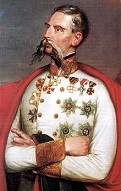



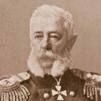


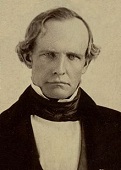




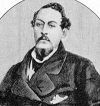
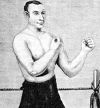


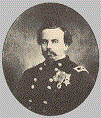


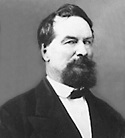


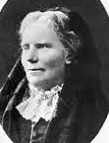

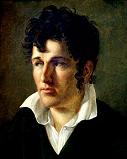




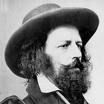


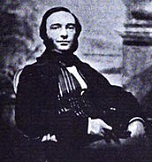







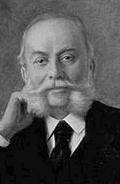
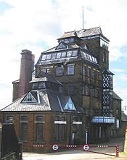
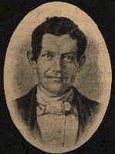
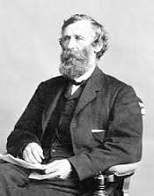
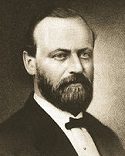
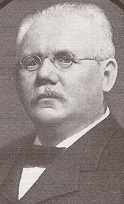
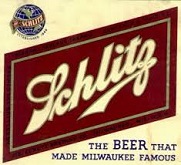





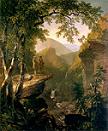
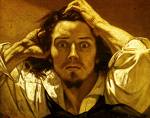
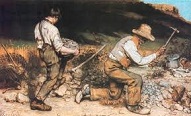

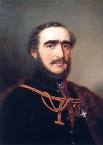
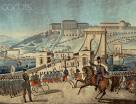
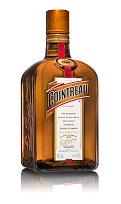
1849 After the failed revs. of 1848 make them want to give up on their home countries, the Forty-Eighters emigrate from Germany, Hungary, Czech. et al. to the U.S., U.K., Australia, Belgium, Netherlands, Switzerland, and France to start over, with a large number bringing wealth and educations that make them successful in their new countries, incl. several beer brewers and wine growers. On Jan. 13 16K British East India Co. troops under gen. (later field marshal) Sir Hugh Gough (1779-1869) fight 23K Sikhs at the Battle of Chillianwalla in the Punjab, with both sides claiming a V, although the Sikhs suffer 3.6K casualties to 4K for the Brits, who are strategically checked; on Feb. 21 the Battle of Gujarat is a V for 24K Brits under Gough against 20K Sikhs and 1.5K Afghans under Gen. Sher Singh Attariwalla, with 2K Sikh vs. 700 British casualties; on Mar. 14 the Battle of Rawalpindi sees the Brits defeat the Sikh army under Chattar Singh and Sher Singh Attariwalla and force them to surrender, after which the Punjab is annexed by Britain and its infant ruler Duleep Singh deposed. Let's shake, shake your daddy-o? On Jan. 22 S.C. Sen. John Caldwell Calhoun (1782-1850) issues the written Southern Address (Address of the Southern Delegates in Congress to Their Constituents) at the behest of "a committee of Southern members of Congress for Southern unity in the face of steady Northern Aggressions and encroachments" on the slavery issue, which, after pointing out that "the British West India possessions are ruined, impoverished, miserable, wretched, and destined probably to be abandoned to the black race", predicts that, if emancipation is ever effected, "it will be through the agency of the Federal Government... against the resistance and struggle of the Southern. It can then only be effected by the prostration of the white race... We would, in a word, change conditions with them [blacks], a degradation greater than has ever yet fallen to the lot of a free and enlightened people, and one from which we could not escape... but by fleeing the homes of ourselves and ancestors, and by abandoning our country to our former slaves, to become the permanent abode of disorder, anarchy, poverty, misery, and wretchedness"; 48 (fewer than half) of the Southern members (incl. not more than 3 Whigs) endorse it, but Calhoun gets brownie, er points as a prophet? In Jan. Buda and Pest are occupied by Austrian Prince Windisch-Graetz, but after he dilly-dallies in his pursuit, the Hungarian army, led by Gen. Arthur Gorgei (Görgei) (Artúr Görgey) (1818-1916) regroups and kicks him out, causing him to be relieved of command by Ahnuld, er, Prince Schwarzenberg, who calls in a Russian army to crush the Hungarian revolt so Austria can concentrate on Prussia, uttering the soundbyte that Austria would "shock the world by the depth of its ingratitude". In Jan. a constituent assembly is elected in Rome, and new elections in Piedmont return a dem. majority to parliament. Smells like teen spirit? On Feb. 9 a rev. mob led by Giuseppe Mazzini (1805-72) overthrows the govt. of Pope Pius IX, and declares the Roman Repub., ending Roman Catholic control of the univ., and causing Pope Pius IX in Naples to appeal to Catholic powers for aid. On Feb. 9 Polish gen. Jozef Bem (1794-1850) (known as "hero of two countries" for helping rev. movements wherever called) defeats the Austrians at the bloody Battle of Piski Bridge, liberating Transylvania. On Feb. 21 the British defeat the Afghans and their Sikh allies in the Battle of Gujrat, and British India annexes the Punjab and Peshawar to create a buffer zone with Afghanistan, but doesn't formalize the boundary for more than 40 years (1893). The original sex, drugs and rock & roll in San Francisco? On Feb. 28 the California Gold Rush begins as the ship SS California arrives in San Francisco Bay, Calif. carrying the first boatload of 365 (called the Argonauts) of 80K white gold-seeking Forty-Niners gold prospectors; Stephen Foster sells the rights to "Oh! Susanna" for $100 to be their theme song?; "I have seen purer liquors, better seegers, finer tobacco, truer guns and pistols, larger dirks and bowie knives, and prettier courtesans here in San Francisco than in any place I have ever visited, and it is my unbiased opinion that California can and does furnish the best bad things that are obtainable in America" - anon.; Pretty Juanita becomes the first person hung in the mining camps; U.S. mint official Matthew F. Stephenson stands on the courthouse steps in Dahlonega, Ga. haranguing miners to stay and mine Georgia gold rather than leave for California, pointing to a nearby peak, and exclaiming, "There's millions in it!"; Mark Twain paraphrases him, writing the immortal line, "There's gold in them thar hills!"; aptly-named Ah Toy (1828-1928) becomes the 2nd Chinese woman to arrive in San Francisco, setting up a brothel in an alley off Clay St., where the fact that she's tall and has lily-bound feet causes block-long lines of horny white men after each ship docks; a man later sends a letter from Hong Kong claiming that she's his wife and requesting her return, but she goes to court and a judge grants her leave to stay; she then returns to court to complain of customers paying the 1 oz. fee with brass filings instead of gold, pointing out several in the audience as culprits, but the judge rules insufficient evidence when she can't explain what the services rendered are, giving the lame explanation "to gaze on the lovely Ah Toy"; within a year she imports five additional Chinese "soiled doves" and moves to a fancier house on Pike St. just off Clay St., then disappears in 1859; in 1926 an obituary in a San Fran newspaper says that she married a wealthy Chinese man and vended clams at Alviso; the San Francisco 49er Egg Rush sees 49ers brave the dangerous shark-infested waters around the Farallon Islands 28 mi. offshore to collect seabird eggs; meanwhile U.S. gen. Bennett C. Riley (1787-1853) (leader of the first military escort along the Santa Fe Trail in 1829) becomes the 7th and last military gov. of Calif. Territory prior to statehood - where he meets up with Zorro? In Feb. King Ferdinand II of Naples offers autonomy to the pesky Sicilians, but is rejected, and when the imposed cease-fire expires on Apr. 8 he invades Sicily and occupies Palermo on May 15, ending the rev. of 1848, then institutes a war-is-hell repressive police state, causing the English to eventually intervene to check his atrocities - it is, in Data's words, an eruption of anti-time? In Feb. the Battle at Fort Utah begins when the mainly friendly Timpanogos Indians begin stealing Mormon cattle, and 50 armed Mormons corner them on Mar. 3 in Battle Creek Canyon and massacre them all, incl. women and children; on Mar. 10 Brigham Young sends 30 families (150 people) to colonize Utah Valley, beginning a fort on Apr. 3, which pisses-off the Timpanogos, who threaten them with death until they swear that they will be good and not drive them away, giving them time to build Fort Utah, going on to hog all their food sources and cause massive starvation, and infect them with measles, causing massive deaths; too bad, in Aug. three Mormons murder Old Bishop and throw his body in the Provo River then brag about it, pissing-off the Timpanogos, who finally agree to a peace treaty in Oct.; too bad, on Jan. 31, 1850 Fort Utah bishop John Higbee meets with Gov. Brigham Young to demand a war, and he authorizes an extermination campaign via Special Order No. 2, ordering the Mormons to kill all the men but save the women and children, announcing the decision to the gen. assembly on Feb. 2, causing the Nauvoo Legion to leave Salt Lake City on Feb. 8, sieging their village for two days until they flee to Spanish Fork River and Rock Canyon, then chasing and killing them like vermin; Mormon frontiersman William Adams "Wild Bill" Hickman (1815-83) finds Rock Canyon leader Old Elk dead, and cuts off his head for the $100 reward offered by Jim Bridger, which is hung by the hair at Fort Utah, after which 50 more heads are taken and piled in boxes near the prisoners to intimidate them before being shipped to Salt Lake, causing rumors of ghosts haunting Rock Canyon; on Feb. 13 15-20 families surrender in modern-day Lake Shore, Utah, only to be executed the next morning, for a total of 102 Timpanogos killed and 40 taken POW and turned into slaves in Salt Lake City before they escape; leaders Old Elk and his wife become martyrs, and Squaw Peak is named after her; in 1868 after allegedly refusing to commit a murder ordered by Brigham Young, Hickman is excommunicated from the LDS Church, causing nine of his 10 wives to leave him, taking their 36-39 children with them; in 1871 Hickman pub. his autobio. Brigham's Destroying Angel, exposing his numerous murders and implicating Brigham Young as the one who ordered him to do them, causing federal authorities to put him under protective custody in Ft. Douglas, Utah to be states' witness against Brigham Young; too bad, the case never goes to trial; in 1850 Fort Utah is renamed Provo, Utah in honor of French-Canadian trapper (1824-5) Etienne (Étienne) Provost (Provot) (Proveau) (1785-1850), later (1875) becoming home to Brigham Young U. On Mar. 1 after Neil McLennan settles in the area in 1845, Waco, Tex. (modern-day pop. 134K/265K) on the Brazos River is founded on lands formerly inhabited by the Waco (Huaco) tribe. On Mar. 3 after a statehood convention in Stillwater, Minn. petitions them, Congress creates the Minnesota Territory (so that Polk gets credit for it); a "lumbering frontier" opens up in Minn.; St. Paul is selected as the capital, and Stillwater is selected as the site of the Minn. territorial prison (opens 1853) (which they thought would be more profitable?). and N Wisc., creating a lumberjack culture that spawns the tall tales of Paul Bunyan and Babe, the Blue Ox, incl. how Paul's cradle created 75-ft. tides in the Bay of Fundy, and how he dug Puget Sound as a sluice for his logs. On Mar. 3 the cabinet-level U.S. Dept. of Interior, brainchild of U.S. treasury secy. Robert J. Walker is created during the short-lived Taylor admin., and the Bureau of Indian Affairs is shifted to it. Just when the U.S. is destabilizing, it gets an unstable no longer rough and no longer ready old fart for president? On Mar. 4 (Sun.) after pres.-elect Taylor refuses to be sworn in on a Sunday, Frogtown, Ky.-born Dem. Mo. Sen. David Rice Atchison (1807-86), pres. pro-tem of the U.S. Senate becomes pres. of the U.S. for one day, which he spends mostly sleeping; actually there was no pres. since Atchison's term had also expired? Tailor Twelve for Me, Rough and Ready? On Mar. 5 (Mon.) Va.-born "Old Rough and Ready" (sloppy dresser) Whig Gen. Zachary Taylor (1784-1850), AKA "Old Rough and Ready", "Old Zack", "the Hero of Buena Vista", "Old Buena Vista" (a career soldier who never voted) becomes the 12th U.S. pres. (until July 9, 1850) in the 17th U.S. Pres. Inauguration in the East Portico of the U.S. Capitol in Washington, D.C. (Tyler 10, Taylor 12?); the first U.S. pres. not previously elected to any public office (and he lasts less than 500 days); his wife Margaret Mackall "Peggy" Smith Taylor (1788-1852) likes to smoke a pipe in private; Millard Fillmore (1800-74) becomes the 12th U.S. vice-pres. (until July 9, 1850); Taylor's inaugural address incl. the soundbyte: "As American freemen we can not but sympathize in all efforts to extend the blessings of civil and political liberty, but at the same time we are warned by the admonitions of history and the voice of our own beloved Washington to abstain from entangling alliances with foreign nations. In all disputes between conflicting governments it is our interest not less than our duty to remain strictly neutral, while our geographical position, the genius of our institutions and our people, the advancing spirit of civilization, and, above all, the dictates of religion direct us to the cultivation of peaceful and friendly relations with all other powers. It is to be hoped that no international question can now arise which a government confident in its own strength and resolved to protect its own just rights may not settle by wise negotiation; and it eminently becomes a government like our own, founded on the morality and intelligence of its citizens and upheld by their affections, to exhaust every resort of honorable diplomacy before appealing to arms. In the conduct of our foreign relations I shall conform to these views, as I believe them essential to the best interests and the true honor of the country"; Taylor eulogizes Dolley Madison as "our first lady for a half-century", becoming the first use of the term for the wife of a U.S. pres., although it doesn't become common until the 20th cent. On Mar. 7 the Austrian consitutional assembly meeting in Kremsier unanimously approves the new federalist 1849 Austrian Constitution of the Reich with a bicameral parliament and universal male suffrage for the lower house, with the emperor having the power to call for a new assembly and suspend legislation, plus choose a minister of state responsible to the parliament; the govt. responds by dissolving the constitutional assembly and substituting its own constitution sansa the federalist system and limiting the franchise to property owners, and then ignores its own constitution and withdraws it officially in 1851. On Mar. 17 William II (b. 1792) dies, and his debauched son ("an uneducated farmer" - Queen Victoria) William III (1817-90) becomes king of the Netherlands and grand duke of Luxembourg (until Nov. 23, 1890). On Mar. 18 a UFO is sighted over the Tortuga Bank in the Caribbean Sea. On Mar. 23 after the Piedmontese govt. renounces its armistice with Austria and invades Lombardy, it is defeated by the Austrians under Marshal Josef Radetzky von Radetz at the Battle of Novara; on Mar. 24 Sardinian king (since 1831) Charles Albert (b. 1798) abdicates in favor of his handlebar-mustachioed son Victor Emmanuel II (1820-78), goes into exile in Portugal, and dies on July 28; Victor Emmanuel II appoints liberal artist-turned-politician Massimo Taparelli, Marquess d'Azeglio (1798-1866) as PM, who threatens to dissolve parliament until it has a liberal majority; on Aug. 6 the Treaty (Peace) of Milan ends the Piedmontese-Austrian War (begun Mar. 23, 1848), and Piedmont-Sardinia becomes the only constitutional monarchy in Italy during the 1850s. On Mar. 28 a new draft constitution for Germany is drafted, but is rejected by King Friedrich Wilhelm IV; the March Rev. in Germany fails, and many disaffected Germans begin emigrating to the U.S., reaching a peak of 252K in 1854. On Mar. 28 the Frankfurt Parliament proclaims a new 1849 German Constitution, providing for a federal system with state govts. and universal male suffrage and secret ballot; too bad, it stumbles on the grossdeutch-kleindeutsch issue (is Austria incl. or not) and never goes into effect; on Mar. 28 the Frankfurt Parliament elects Frederick William IV as "emperor of the Germans" in a proposed All-German Union, but on Apr. 3 he refuses the crown without refusing to head a German state; on Apr. 21 the Prussian govt. rejects the Frankfurt constitution, and it ends up moving to Stuttgart and then dissolving on June 18; in June Dresden-born Friedrich Ferdinand Graf von Beust (1809-86) (you're simply the Beust?) is appointed foreign minister by the king, and begins his rise; the 1848 German rev. is kaput; Prussia, Saxony and Hanover form the "Three Kings Union"; a great German migration to the U.S. begins, bringing their institutions with them, incl. the Turnverein (gymnastic club), causing a revival of gymnastics in the U.S. On Mar. 29 Va. slave Henry "Box" Brown (1815-79) pays $86 to have himself mailed in a dry goods container to Philly abolitionist Presbyterian minister James Miller McKim (1810-74), arriving 27 hours later, his first words being "How do you do, gentlemen?", after which he sings a psalm, and becomes a celeb until the 1850 Fugitive Slave Law forces him to flee to Britain, where he tours with an anti-slavery panorama for 10 years then becomes mesmerist Prof. H. Box Brown AKA the African Prince; McKim attends the 1859 execution of John Brown at Harpers Ferry, Va. and helps his wife take his body home. In the spring tens of thousands of Forty-Niner families pull up stakes and head west to the Calif. gold fields, where the town of Eureka, Calif. (modern-day pop. 27K) is founded on May 13, 1850 on the coast for gold-prospecting "Argonauts", who tap into the 100 mi. Mother Lode, a quartz vein stretching through Tuolumene, Calaveras, Amador and El Dorado counties; Calif.'s non-Indian pop. grows from 14K in 1848 to 224K in 1852 as the gold grows scarcer and the technology grows more involved; meanwhile whites chase out non-whites and hog everything? In Mar. after seeing Calif. and N.M. applying for statehood, the Mormons propose the new State of Deseret, with Brigham Young having a new state constitution drafted based on that of Iowa, sending messengers to Washington, D.C., boldly claiming most of the territory bought (stolen) from Mexico in 1848, from the Sierra Nevada Mts. to the Rocky Mts. incl. the entire watershed of the Colo. River and the entire Great Basin, consisting of modern-day Utah and Nev., with large portions of Ariz., Calif., and smaller portions of Colo., N.M. (excluding the Rio Grande), Wyo., Idaho, and Ore. (excluding the Williamette Valley); afteer Pres. Zachary Taylor offers to combine Deseret with Calif., and the Calif. Constitutional Convention of 1849 is a push, Congress creates Utah Territory on Sept. 9, 1850 (until Jan. 4, 1896), and on Feb. 3, 1851 Brigham Young becomes gov. #1, never giving up the idea of the state of Deseret. On Apr. 13-14 Hungary declares independence, with Lajos Kossuth de Udvard det Kossuthfalva (1802-94) as "gov.-pres."; on June 5 his troops capture Budapest; in June Tsar Nicholas I detours an Austrian-Russian army from Cracow under Count Theodor von Rudiger to defeat him, and Serbs and Romanians join them; on Aug. 13 the Hungarians surrender at the Battle of Vilagos (modern-day Siria, Romania) (near Arad), ending the Hungarian Rev. of 1848 (begun Mar. 15, 1848) after 18 mo. 19 days, after which Austrian gen. ("the Hapsburg Tiger") ("the Hyena of Bescia") ("the Hangman of Arad") Julius Jacob von Haynau is appointed imperial plenipotentiary, brutally subjugating the country, ordering the Oct. 6 hanging of the Thirteen Martyrs of Arad in Arad, along with the execution of Count Lajos Batthyany in Pest; during the hangings in Arad, Austrian soldiers allegedy loudly clank their beer mugs together to celebrate, causing Hungarians to vow to quit clinking their beer glasses until Oct. 6, 1999, continuing it for another decade for good measure. On Apr. 23 Fyodor Dostoyevsky (1821-81) and other members of the young revolutionary Petrashevsky Circle (who meet to read and discuss banned books) are arrested, tried, and sentenced to death, left to stew, then pardoned on Dec. 22 at the last min. before execution, their sentences magnanimously commuted to four years of hard labor in Omsk, Siberia and life servitude in the army, causing Dostoevsky's epilepsy to run wild; after four years at Omsk and one year as an army private in Siberia his commission is restored, but he isn't allowed to return until 1859, during which time he chucks his Socialist internationalist views and goes religious and nationalistic - I got my mind right boss? On Apr. 24 a French force of 10K men under Gen. Nicolas Oudinot lands on the Italian coast and marches to Rome; on May 4 the Austrians begin bombarding Venetian garrisons, causing food riots to break out in the city in June; on May 15 Neapolitan troops reconquer Sicily, and on June 2 Gen. Oudinot sieges Rome, which is defended on the Janiculum Hill by Giuseppe Mazzini and Giuseppe Garibaldi (1807-82), until on June 30 the Roman parliament votes against Mazzini, causing him to leave the city with troops loyal to him, which are then decimated; on July 1 French troops occupy Rome, restore the pope, and dissolve the parliament; the pope then creates a conservative govt. against French wishes. We were a wrong fit right from the start? On May 10 the Astor Opera House Riot in Manhattan, New York City that kills 25 and injures 120+ results from a jealousy feud between stage actors Edwin Forrest (1806-72) of the U.S. and William Charles Macready (1793-1873) of England, caused when Forrest hissed him from the audience in 1843 in Edinburgh after an English audience hissed him in Macbeth, and this time Macready plays Macbeth, the riot causing the militia to be called out; after barely escaping with his life, Macready is forced to leave the U.S., and retires from the stage in 1851; in 1852 Forrest's wife Catherine divorces the ham in a sensational divorce trial, which only boosts his career? On May 16 after the Austrians under gen. Baron Anton von Puchner occupy Oltenia (W Wallachia) and Transylvania then suffer a cholera epidemic, Polish gen. Jozef Bem defeats them at the Battle of Orsova, driving them out of the Banat region. On May 26 a Prussian Union scheme wins approval of several N German states, and by the end of the year 26 states join. On May 28 the French legislative assembly convenes, with the monarchist right and radical left dominating and the moderates in the minority (500-200-80). In May after being exiled from Prussia and printing his final newspaper issue in red, Karl Marx emigrates to London, taking the HQ of the Communist League with him, staying for life; in the winter a schism is led by Prussian-born Johann August Ernst von Willich (1810-78) and German-born Karl Schapper (1812-70), who want an immediate Communist rev., and are expelled; meanwhile they stir up the German Workers' Educational Society of London, and this time they win, so Marx resigns next Sept. 17. On June 5 the new liberal 1849 Denmark Constitution takes effect, ending the absolute monarchy; the bicameral Rigsdag ("kingdom day/session") legislature, consisting of the Folketing and Landsting begins meeting (until 1953); the king retains the right to choose ministers and veto legislation. On June 6 the city of Ft. Worth, Tex. (modern-day pop. 854K/7.1M) ("Where the West begins") is founded 30 mi. W of Dallas as the northernmost of a chain of 10 forts for protecting the U.S. frontier, named after maj. gen. William Jenkins Worth (1794-1849) (who died in Feb. of cholera while trying to establish 10 new forts to mark the W Texas frontier from Eagle Pass to the confluence of the West and Clear Forks of the Trinity River), later being called "Cowtown" after the Chisholm Trail runs through it; it is incorporated in 1873. On June 13 French troops bombard republican Rome, causing the leftist members of the French assembly to walk out in protest. On June 17 Russian troops enter Hungary and quash the revolutionaries by Aug. 13; Constantinople refuses to extradite rebel leader Lajos Kossuth, causing squabbles. In summer a cholera epidemic in Chicago, Ill. caused by bad sanitation causes the Ill. legislature to create the Ill. Board of Sewage Commissioners on Feb. 14, 1855, with Ellis Sylvester Chesbrough (1813-86) as chief engineer, who goes on to build a new above-ground sewer system and raise city bldgs. up to 10 ft. with jacks, incorporating the first manhole covers. In the summer S.C.-born former Texas Ranger John Joel Glanton (Gallantin) (1819-50) forms the Glanton Gang of scalp hunters to work for the Mexican govt. killing Apaches along the U.S.-Mexican border, going too far and killing peaceful Indians and Mexican citizens, causing the state of Chihuahua to put a bounty on their heads in Dec., driving them through Sonora to Ariz; 7-ft. hairless Judge Holden is 2nd in command; meanwhile the Apache Wars (end 1886) begin with the White Massacre on Oct. 18, which sees a band of Utes and Jicarilla Apaches ambush the family of merchant James White, killing him and kidnapping his wife Ann White, who is killed during a U.S. Army rescue attempt a couple of weeks later, leading to the Jicarilla War (ends 1855); Glanton is finally killed on Apr. 23, 1850 by a band of Quechans led by Caballo en Pelo after his men destroy their ferry on the Colorado River; N.H.-born former gang member Samuel Emery Chamberlain (1829-1908) later writes My Confession: The Recollections of a Rogue after rising to brig. gen. in the U.S. Civil War as head of the Fifth Mass. African-Am. Cavalry; meanwhile in winter 1853/4 the U.S. Army enters the Jicarilla War. On July 6 the Danes win the Battle of Fredericia, and set up a provisional govt. in Schleswig, but the hostilities soon resume, keeping them from controlling it (until 1851). On July 31 the Battle of Segesvar (Segesvár) (Schassburg) sees the 6K-man Hungarian Transylvanian army under Polish gen. Jozef Bem annihilated by the 12K-man Russian V Corps under Russian gen. Count Alexander Nikolayevitch von Luders (Lüders) (1790-1874), which Bem survives by faking death; on Aug. 6 he returns to fight at the Battle of Gross-Scheueren. On July 29-Aug. 26 the 1847 British Gen. Election becomes a V for the Conservatives led by Lord Stanley, with 367 seats, vs. 271 for the Whig Party led by Lord John Russell, while the free trader Peelites led by former PM Sir Robert Peel exit the Whig Party; the Irish Repeal Party of John O'Connell wins 20 of 329 seats; Liberal Lionel Nathan de Rothschild (1808-79), son of British Jewish banking house founder Nathan Mayer Rotschild is elected to the British House of Commons from the city of London; too bad, he won't take a Christian oath to be seated, causing a political struggle, with Lord Russell proposing that the oath be amended to allow him to take his seat, and Benjamin Disraeli backing him, arguing that Christianity is "completed Judaism", with the soundbyte: "Where is your Christianity if you do not believe in their Judaism?", while Oxford Bishop Samuel Wilberforce argues against it, implying that the Jews paid-off Russell, after which all but one member (Disraeli) of the future protection cabinet votes against the measure; Conservative Commons leader Lord George Bentinck resigns, and is succeeded by Lord Granby; in 1858 Rothschild is finally allowed to take a Jewish oath, after which in 1868 Queen Victoria refuses to elevate him to the House of Lords, but mellows and elevates his son Nathan Mayer de Rotschild in 1885, who becomes the first unconverted Jewish member. In July the Austrians begin bombarding disease and famine-ridden Venice; on July 28 the grand duke of Tuscany is restored, and on Aug. 6 the assembly gives Manin leave to negotiate with the Austrians, causing the surrender of Venice on Aug. 28, ending the Repub. of Venice and the Italian rev.; Venice is in Austrian hands until 1866; Radetzsky becomes gov. of Upper Italy; Manin goes into exile in Paris. On Aug. 2 Mehmet Ali (b. 1769) dies, and on Nov. 10 his horse-loving grandson Abbas I Helmi (1812-54) becomes pasha (ruler) (viceroy) of Egypt (until July 13, 1854). I thought that dot on your head was from a sniper rifle? On Aug. 9 the Battle of Temesavar (Timosoara) sees Austrian revolutionaries led by Gen. Julius Jacob von Haynau (1786-1853) defeat Hungarian revolutionaries led by Gen. Jozef Bem, who falls from his horse during a calvary charge, causing them to lose; after being seriously wounded, Bem flees to the Ottoman empire with 6K Poles, and pretends to adopt Islam, becoming gov. of Aleppo under the name Yusuf (Murad) Pasha, until he croaks in 1850, becoming a Polish and Hungarian nat. hero. In Aug. after being appointed cmdr. of the French navy in the Pacific in 1846, rear adm. Louis Francois Marie Nicolas Le Goarant de Tromelin (1786-1867) occupies Honolulu, claiming Hawaii for France until he is driven from the fort. On Sept. 17 (Mon.) the Stony Monday Riot in Bytown (later Ottawa), Canada between Tories and Reformists over the planned visit of new (since 1847) British gov.-gen. (1847-54) James Bruce, 8th Earl of Elgin (1811-63) (son of the Elgin Marbles guy) results in 30 injured and one killed, after which an armed standoff on Sappers Bridge is ended by military intervention, and the pro-Elgin party prevails. On Sept. 27 Irish-born Thomas Lynch of the New York Municipal Police (established 1845) becomes the first NYPD cop to die in the line of duty. In Sept. 27-y.-o. Gustave Flaubert finishes his 500+-page novel The Temptation of St. Anthony, and spends several days reading it aloud to his friends Maxime Du Camp and Louis Bouillhet, only to be told that it is so boring it should be burned, and he doesn't pub. it until after the success of Madame Bovary in 1856, 1872, and 1874. In Sept.-Oct. the Calif. Constitutional Convention is held in Monterey, Calif., and on Nov. 13 12K ballots are cast in the first Calif. election, after which the new senators head for Washington, D.C. to petition for statehood; the proactive approach allows them to stop Congress from subdividing the state into neat little squares and keep it big big big? On Nov. 1 Louis Napoleon dismisses the ministry of Barrot, and holds off on appointing a new one until next year. On Oct. 19 the Erfurt Parliament (Nat. Assembly) (Union) confirms the Prussian Union, but Austria threatens a war. On Dec. 3 German missionary Johann Ludwig Krapf (1810-81) becomes the first Euro to sight Mount Kenya. On Dec. 6 Harriet Tubman (1820-1913) escapes from slavery, reaching Philly 100 mi. away and joining the super-secret Underground Railroad, which smuggles runaway slaves from Ky. and W. Va. N across Ohio to Detroit ("Midnight"), then across the Detroit River to Windsor, Ont., Canada ("Dawn"), then to other communities in Ont. incl. Elgin, Buxton, and Chatham; they allegedly "follow the Drinking Gourd", the pointer stars in the Big Dipper on the way N to the Ohio River; starting next year Tubman makes the first of 19 journes to slave states to help escaping slaves. On Dec. 20 Nashville, Tenn.-born Dem. Peter Hardeman Burnett (1807-95) becomes Calif. gov. #1 (until Jan. 9, 1851), becoming the first to resign. On Dec. 25, 1849 a 100-wagon train traveling W from Salt Lake City headed for the Calif. gold fields enters a parched depression near the Calif.-Nevada border hoping for a shortcut, and after a stay at Furnace Creek they get stranded near Bennett's Well, sending William Manly and John Rogers for help; 2 weeks later they reach the San Fernando Valley 200 mi. to the SW, obtain supplies, and head back; after 25 days they return, finding all to have survived but one, and as they leave they issue the soundbyte "Goodbye, Death Valley", giving Death Valley its name; by next year small amounts of gold are discovered at Salt Spring, followed by silver, copper and lead. On Dec. 29 the Scottish barque Ayeshire wrecks on the Brigantine shoals of Atlantic City, N.J., after which 201 persons are saved by special life-saving equipment consisting of a line and a closed car. In Dec. after Lord Rothschild visits Athens on Greek Orthodox Easter Sun. (Apr. 4), and the govt. attempts to please him by banning the tradition of hanging an effity of Judas Iscariot, causing the Greeks to take it out on the nearest Jew, the Athens home of Moorish Jew (Gibraltar-born British subject) (former Portuguese consul-gen. to Greece)Don David Pacifico (1784-1854) is burned by an anti-Semitic mob while the police watch and cheer, causing him to press claims against the Greek govt., and after they refuse, t he British place an embargo on all Greek vessels in the Piraeus and finally seize them in Jan. A rev. in Tuscany causes grand duke Leopold II to flee, but he returns in a few mo. after a counterrev. succeeds. Britain annexes Punjab by treaty with the maharajah of Lahore. Bukovina becomes an autonomous duchy administered from Vienna (until 1914). The U.S. Tariff of 1849 favors the Middle Atlantic and New England manufacturers with higher duties on finished goods. Abbott Lawrence, U.S. rep. from Mass. 1834-6, 1838-40 becomes U.S. minister to Great Britain (until 1852). U.S. Sen. Benjamin Tappan (1773-1857) is censured for leaking private info. on Texas annexation. The Swiss federal assembly forbids recruiting of Swiss mercenary soldiers by foreign powers, ending their longtime pastime. In Sarah C. Roberts v. City of Boston, the Mass. Supreme Court (chief justice Lemuel Shaw) originates the doctrine of "separate but equal" regarding school segregation. Ft. Laramie in Wyoming Territory (founded 1834) becomes a military outpost, as well as a major stopping point on the Overland (Oregon) Trail; the fort is garrisoned until 1890. Mich. becomes the first U.S. state to host a state fair. The Calif. Gold Rush causes many whaling ship crews to desert, leading to a decline in the industry. Great Britain proclaims Vancouver Island a crown colony (until 1866). Hungarian Croatia takes over the seaport of Fiume (until 1870). Cape Colony forbids the landing of convicts. Britain passes the Encumbered Estates Act, making it possible, on the petition of creditors, to sell estates encumbered with debts after cutting the legal intricacies; though well-meaning, it proves a disaster to the Irish tenants it was designed to help. King (since 1834) Honjong II of Korea dies, and Cholchong Ch'oljong ("the summit") (1831-64) (distant relative of Yeongjo) becomes Yi king #25 of Korea (until 1864), ending the repression of Roman Catholics; the Annals of the Choson (Joseon) Dynasty, which began with T'aejo in 1392 ends with his reign. Argentina prepares for war with Paraguay, causing its enemies Brazil and Uruguay to recognize it. A state monopoly on alcohol in Nicaragua leads to revolts against the govt. and cane planters, while Indians rebel against land seizures by whites and mestizos; meanwhile the conservatives defeat the liberals and introduce coffee cultivation - one lump or two? The 1849 Cruelty to Animals Act is passed by the English Parliament, replacing the 1822 Cruel Treatment of Cattle Act and the 1835 Cruelty to Animals Act. The Mormons in Utah adopt a Utah Constitution and send a delegate to the U.S. Congress to petition for admission in the Union, which is denied. The Athapascan-speaking acorn-eating Hupa Tribe in the Hoopa Valley of the Trinity River of NW Calif., known for dentalium-shell and woodpecker scalp currency ends its long isolation as the Forty-Niners move in and drive them from their homes; they are finally given a Rez in 1864. The Marshalsea court of justice, under the marshal of the English royal household is abolished. Lola Montez (1821-61), who was kicked out of Munich by the revolutionaries last year to London, marries British soldier George T. Heald, but it doesn't last, and she divorces him and travels to the U.S. in 1851 to become a star. Cornelius Vanderbilt (1794-1877) of New York City obtains a concession from the liberal govt. of Nicaragua to build an interoceanic canal to milk the Calif. Gold Rush, using the profits to invest in railroads, and using Robber Baron methods to destroy fair competition and create a Microsoft, er, monopoly, ending up with a wealth of $105M, three times what Bill Gates is later worth in adjusted dollars; meanwhile he gives Robber Barons their bad name by whoring at the docks, mistreating his family, getting syphilis and giving it to his wife, spitting on the floor whenever he wants, and telling people who ask for charity "Let them do what I have done". Baton Rouge (Fr. "red pole") on the Mississippi River (founded 1719, incorporated 1817) becomes capital of La. David Livingstone ventures beyond the Tropic of Capricorn, crosses the Kalahari Desert and discovers Lake Ngami. The Order of the Star Spangled Banner is founded in New York, and grows into a serious third party fostering hatred of foreigners and Catholics. William Hamilton fires a pistol sans bullet at Queen Victoria in Hampstead, North London, and receives a sentence of 7 years of transportation to Australia. English-born Elizabeth Blackwell (1821-1910) becomes the first woman in the U.S. to receive a medical degree, a M.D. from the Medical Inst. of Geneva, N.Y.; her sister Emily Blackwell (1826-1910) gets her M.D. from Western Reserve U. in 1854, and together in 1856 they found the New York Infirmary for Women and Children, with an all-female physician staff - look what sister made for you-ou-ou? Abraham Lincoln fails to win a 2nd term in Congress, and returns to Springfield, Ill., where he begins speaking out against slavery to revitalize his career. Nevada (Nev.) is settled. Petropavlovsk in Siberia, Russia is founded. Toronto becomes the capital of Canada (until 1851). Telegraph Hill in San Francisco, Calif. is set up in Sept. on one of Frisco's Seven Hills, and named for a semaphore. A 2-story log house becomes the first bldg. erected in Vancouver, Wash.; in 1852 it becomes the first military post in the territory, where Capt. U.S. Grant serves as quartermaster. Bedford College for Women is founded in London. John M. Bradstreet (1815-63) founds the Bradstreet Co., becoming the first U.S. co. to offer standardized credit ratings; it merges with the R.G. Dun Corp. (Mercantile Agency) in 1933. Henry Varnum Poor (1812-1905) becomes ed. of Am. Railroad Journal, which evolves in 1860 into Standard & Poor's, which pub. financial research and analysis on stocks and bonds. Amelia Jenks Bloomer (1818-94) wears loose ankle-length trousers below knee-length skirts (promoted by early women's libber Mrs. Elizabeth Smith Miller as more modest than the customary floor-length dresses with no underwear) on a lecture tour, earning press ridicule for her Bloomers and starting a U.S. craze, immortalizing her name; when used as underpants they become known as (directoire) knickers. The Iowa Star is founded, becoming the first newspaper in Des Moines. Charles Dickens begins editing the weekly mag. Household Words, going on to pub. 19 vols. in 1850-9. The first comic strip in Britain, Leech's Mr. Briggs appears in Punch. The first Royal Caledonian Ball for charity is held in London, attended by Scots from all over the world in full dress; in 1930 it begins to be held at Grosvenor House in Park Lane. German dramatist Heinrich Laube (1806-84) becomes dir. of the Hofburg Theater in Vienna (until 1867). The 47.6-mi. Panama (Canal) Railway (originally the Inter-Oceanic Railroad) running parallel to the Panama Canal and linking the Atlantic Ocean to the Pacific Ocean is founded; construction begins next year, and the first revenue train runs on Jan. 28, 1855. The Calif. Gold Rush makes instant millionaires out of some miners, who actually are Shakespeare literate, demanding performances and correcting wrong lines, throwing buckskin purses full of gold to show appreciation; a favorite performer is McKean Buchanan (1823-72), who once performs on the stump of a giant redwood tree called the Discovery Tree (Big Stump) in Calaveras Grove. The first mental institutions in China are founded by Western missionary John G. Kerr et al. The LDS Church establishes the Perpetual Emigrating Fund Co. (Perpetual Emigration Fund) to provide economic assistance (low-interest loans) to 30K Mormons emigrating to Salt Lake Valley in Utah; it is disincorporated by Congress in 1887, and reincorporated in 2001 as the Perpetual Education Fund. British archeologist-geologist William Kennett Loftus (1820-58) discovers the ancient city of Uruk, along with the 21st cent. B.C.E. Ziggurat of Nana (Nanna) (Ur) near Nasiriya in modern-day Dhi Qar Province, Iraq, dedicated to the Sumerian Moon god Nana (Nanna) (Sin). In 1851 he excavates Susa for the British Museum, discovering the Persepolis Apdana. In Feb. 1855 he discovers the burnt 9th cent. B.C.E. Palace of Assurnasirpal II in Nimrud near modern-day Mosul, Iraq. German immigrant Charles (Karl) Pfizer (1824-1906) and his cousin Charles (Karl) F. Erhard (1821-91) found Charles Pfizer & Co. in New York City to produce fine chemicals, going on to discover Terramycin in 1950, acquire Warner-Lambert in 2000, Pharmacia in 2003, and Wyeth in 2009, marketing popular drugs incl. Lipitor, Lyrica, Diflucan, Viagra, Celebrex, and Zoloft. Hook Norton Brewery is founded in Oxfordshire, England as a Victorian tower brewery with different brewing stages on different floors, going from top to bottom, all driven by a steam engine in 1899-2006; a horse-drawn dray delivers beer to the local village; modern-day bottled beers incl. Old Hooky and Hooky Gold. The Joseph Schlitz Brewing Co. is founded in Kilbourntown, Milwaukee, Wisc. by Miltenberg, Bavaria-born Georg August Krug (1815-56), and acquired in 1858 after his death by his Mainz, Germany-born bookkeeper Joseph Schlitz (1831-75), who doubles Chicago sales after the 1871 Great Chicago Fire before being lost at sea in 1875, after which Krug's four nephews starting with Georg Carl August Uihlein (1842-1911) found a dynasty that runs the co. permanently; the logo is a globe girdled by a buckled belt and support by four playful female figures representing the four hemispheres, with gnomes at their feet, the whole structure supported by four beer keg pedestals (3 kegs/pedestal) with a trumpet-blowing herald on top; the ad slogans are "The beer that made Milwaukee famous" and "When you're out of Schlitz, you're out of beer"; in 1886 the co. produces 600K barrels/year, and each employee drinks an avg. of 40 "short glasses" of free beer a day, with the plant champion downing 100 (3 gal.); in 1888 brewery employees in Milwaukee, New York, and Chicago go on strike; in 1889 the Schlitz Hotel is built, followed in 1896 by Palm Garden; in Dec. 1902 the co. passes Pabst, becoming the largest brewery in the U.S. (1M barrels/year); too bad, in the early 1970s it cheapens its formula without telling consumers, pissing them off and ruining their market, causing them to slip to #2 by 1976 behind Anheuser-Busch after recalling 10M bottles, then run an ad campaign for 10 weeks in 1977 by Leo Burnett seemingly ordering the viewers to drink Schlitz or else, which pisses-off customers more; in 1981 a strike closes the Milwaukee plant; in 1982 after slipping to #3 it is acquired by Stroh Brewery Co., which is acquired in 1999 by Pabst Brewing Co; in 2008 the 1960s classic "gusto" formula is reintroduced; in 2014 Pabst Brewing Co. is acquired by TSG Consumer Partners. The U.S. Mint begins minting $20 Double Eagle Gold Coins (until 1933), containing 30.0926g of 90% gold and 10% copper alloy. The Adam Schuppert Brewery is founded in Gold Rush City San Francisco, Calif., becoming the first in Calif.; by 1852 San Francisco (pop. 36K) has 350 saloons, increasing to 800 by 1860, with 24 breweries. Cointreau Distillery is founded in Angers, France by confectioner Adolph Cointreau and his brother Edouard-Jean Cointreau, selling guignolet cherry liqueur before introducing the wondrous 80-proof orange-flavored Cointreau liqueur in 1875 (made with bitter and sweet orange peels), with sales growing to 13M bottles/year by 2017; it claims to have been part of the original recipes for margaritas and cosmopolitans. Architecture: Starting this year San Francisco, Calif. becomes the primo building site for 48K Painted Ladies, designed in the Victorian style until the death of Queen Victoria in 1901, then changing to the Edwardian style until 1915, when war surplus battleship gray Navy paint is used; Postcard Row at 710-720 Stiner St. across from Alamo Square is built in 1892-6; the 1906 San Francisco Earthquake wipes out most of the mansions on Nob Hill, after which mass-produced houses replace them; "Red, yellow, chocolate, orange, everything that is loud is in fashion... if the upper stories are not of red or blue... they are painted up into uncouth panels of yellow and brown." The Szechenyi Chain Bridge (Szechenyi Ianchid) across the Danube River between Buda and Pest (first non-pontoon bridge) is built by Count Istvan Szechenyi (István Széchenyi) (1791-1860) - Steven the Chain? Sports: On Feb. 7 the first widely-publicized boxing match in the U.S. sees Tom Hyer (1819-64), son of the first (1816) U.S. boxing champ Jacob Hyer defeat English boxer Yankee Sullivan (1811-56) in round 16 (total 17 min. 18 sec.) in Still Pond Creek, Md., winning a $10K purse and becoming the first recognized world boxing champ. The first Field Hockey (from Fr. "hoquet") club is founded in Blackheath, London. The Scottish Bowling Assoc. is founded in Scotland by 200 lawn bowling clubs; after it goes defunct, it is refounded in 1892. Architecture: The 1,017-ft.-long Holyoke Dam across the Connecticut River is built, furnishing the town of Holyoke, Mass. (8 mi. N of Springfield) at the foot of 1,214-ft. Mt. Tom with water power and putting it on the map. A lighthouse is built on Cape Agulhas (Port. "needles"), the southernmost point of Africa, 100 mi. ESE of the Cape of Good Hope. 800 sq. mi. (510K acre) W.T. Waggoner Ranch near the Red River in N Tex. 13 mi. S of Vernon, Tex. and W of Wichita Falls, Tex. is founded, becoming the 2nd largest ranch in Tex. after the King Ranch, largest fenced ranch in the U.S., and largest estate on Earth, becoming the "Statue of Liberty of cowboy culture." Brookwood Cemetery in London is founded by the London Necropolis Co., becoming the largest cemetery on Earth by 1854 (until ?); it opens to the public on Nov. 13, 1854. Inventions: Norwich, N.Y.-born inventor Gail Borden Jr. (1801-74) of Tex. (who helped plot the towns of Houston and Galveston in 1836) invents the concentrated "meat biscuit" (beef broth and flour) for travelers going West, revolutioning travel by allowing meat to be transported great distances without spoiling - if I only had some milk to drink with it? After planting 22K seedlings of the indigestible hard-skinned fox (skunk) grape Vitis labrusca in an attempt to develop a palatable wine from "pure" native Am. species to get around the "debauched" European and Semitic species Vitis vinifera, the slip-skin Concord Grape is invented by Boston-born gold leaf artisan and amateur farmer Ephraim Wales Bull (1806-95) of Concord, Mass.; too bad, after he fails to obtain a patent others begin growing and selling them, turnng them into grape juice, jelly, Communion and sacramental wine, and Kosher wine; his epitaph reads "He sowed others reaped." Artificial fertilizers are first manufactured in the U.S. Science: French physicist Armand Hippolyte Louis Fizeau (1819-96), who predicted the red shift of electromagnetic waves measures the speed of light, and next year he measures the speed of electricity; still not fizzing out in 1864, he becomes the first to prose that the length of a light wave be used as a length standard. English chemist Edward Frankland (1825-99) isolates amyl. Henry Clifton Sorby (1826-1908) pioneers the field of microscopic petrography, the examination of mountains with microscopes. English botanist Richard Spruce (1817-93) begins an expedition to South America (ends 1864), discovering yage (ayahuasca), the hallucinogenic drink used by Amazonian tribes that is prepared from the bark of giant flowering vines (Banisteria caapi). Nonfiction: A&C Black, Who's Who; lists names of all notable people in the U.K., adding bios. in 1897. Horace Bushnell (1802-76), God in Christ; gets him tried for heresy by the Congregational Church, but he aces it and is acquitted. Thomas Carlyle (1795-1881), Occasional Discourse on the Negro Question (Feb.); argues for the reintroduction of slavery in the West Indies, and coins the term "the dismal science" for political economics; "...not a gay science... no, a dreary, desolate, and indeed quite abject and distressing one; what we might call, by way of eminence, the dismal science." Francois-Rene de Chateaubriand (1768-1848), Memoirs from Beyond the Grave (Memoirs d'Outre-Tombe) (autobio.) (posth.) (2 vols.) (1848-50); originally intended it to be pub. 50 years after his death, but financial problems forced him "to mortgage my tomb"; "Far from being at its term, the religion of the Liberator is now only just entering its third phase, the political period, liberty, equality, fraternity" (ending); "A degree of silence envelops Washington's actions; he moved slowly; one might say that he felt charged with future liberty, and that he feared to compromise it. It was not his own destiny that inspired this new species of hero: it was that of his country; he did not allow himself to enjoy what did not belong to him; but from that profound humility what glory emerged! Search the woods where Washington's sword gleamed: what do you find? Tombs? No; a world! Washington has left the United States behind for a monument on the field of battle." Sir John Gilbert (1817-97), The Plays of Shakespeare. Chapin Aaron Harris (1806-60), Dictionary of Dental Surgery, Biography, Bibliography, and Medical Terminology; first dental dictionary pub. in the U.S.; 6th ed. in 1898. Rev. Josiah Henson (1789-1883), The Life of Josiah Henson, Formerly a Slave, Now an Inhabitant of Canada, as Narrated by Himself. Henry William Herbert (1807-58), The Field Sports of the United States and British Provinces (pub. under alias Frank Forester). Alexander Hislop (1807-65), The Red Republic. J.M. Kemble, History of the Saxons in England - full flavor that's easy to drink? John Pendleton Kennedy (1795-1870), Memoirs of the Life of William Wirt (2 vols.); 2nd ed. 1850. Soren Kierkegaard (1813-55), The Sickness Unto Death; pub. under alias Anti-Climacus; treats despair, which he equates with original sin. Alphonse de Lamartine (1790-1869), Confidences. Karl Richard Lepsius (1810-84), Denkmaeler aus Aegypten und Aethiopien nach den Zeichnungen der von Seiner Majestät dem Koenige von Preussen, Friedrich Wilhelm IV., nach diesen Ländern gesendeten, und in den Jahren 1842–1845 ausgeführten wissenschaftlichen Expedition auf Befehl Seiner Majestät (12 vols.) (Monuments from Egypt and Ethiopia with Drawings Made the 1842-1845 Expedition Sent by Frederick William IV, King of Prussia); contains almost 900 plates of ancient Egyptian hieroglyphic inscriptions; becoming the std. textbook. William Francis Lynch (1801-65), Narrative of the United States' Expedition to the River Jordan and the Dead Sea. Augustus De Morgan (1806-71), Trigonometry and Double Algebra. Luise Muhlbach (Klara Mundt), Aphra Behn (3 vols.). Francis Parkman (1823-93), The Oregon Trail: Sketches of Prairie and Rocky-Mountain Life; an account of his 2-mo. summer 1846 tour of Neb., Wyo., Colo., and Kan., incl. hunting buffalo with the Oglala Sioux. Samuel Birley Rowbotham, Zetetic Astronomy: Earth Not a Globe; founds the modern flat Earth movement. John Ruskin (1819-1900), The Seven Lamps of Architecture (vol. 2 of "Modern Painters"); defends the Gothic style. Francesco De Sanctis (1817-83), Saggi Critici (Critical Essays); makes a disciple of Benedetto Croce. David Friedrich Strauss (1808-74), Life of Christian Friedrich Daniel Schubart (2 vols.). Henry David Thoreau (1817-62), On the Duty of Civil Disobedience; inspired by a night spent in jail for refusing to pay a poll tax; "That government is best which governs least"; "It is not desirable to cultivate a respect for the law, so much as for the right"; A Week on the Concord and Merrimack Rivers (with his brother John) - John goes, left, Henry goes right? Wilhelm Weitling (1808-71), Garantien der Harmonie und Freiheit (Guarantees of Harmony and Freedom); confuses harmony, Fourier, socialism, French and German in order to sell opera? Music: Adolphe Charles Adam, Le Toreador (opera). Teodoro Cottrau (1827-79), Santa Lucia (Naples); first Neapolitan song to be given Italian lyrics; about the waterfront Borgo Santa Lucia district in Naples Bay; ends up being sung during the St. Lucy winter light festival (darkest time of the year). Fromental Halevy (1799-1862), La Fee aux Roses (opera). Franz Liszt (1811-86), Tasso's Lament (symphonic poem) (Weimar). Giacomo Meyerbeer (1791-1864), Le Prophete (Prophète) (opera) (Paris Opera) (Apr. 16); libretto by Eugene Scribe; incl. Coronation March. Carl Otto Nicolai (1810-49), The Merry Wives of Windsor (Die Lustigen Weiber von Windsor) (opera) (Jan.) (Berlin); dies of a stroke 2 mo. after the debut. Giuseppe Verdi (1813-1901), La Battaglia di Legnano (opera) (Jan. 27) (Teatro Argentina, Rome); libretto by Salvatore Cammarano; based on Joseph Mery's play "La Battaille de Toulouse"; Luisa Miller (opera) (Dec. 8) (Teatro San Carlo, Naples); libretto by Salvatore Cammarano; based on Friedrich von Schiller's play "Kabale und Liebe". Art: Gustave Courbet (1819-77), A Burial at Ornans (After Dinner at Ornans); The Stone-Breakers; shocks the Romantics with its realism. Thomas Couture (1815-79), Volunteers of 1793. Eugene Delacroix (1798-1863), Ceiling of Salon d'Apollon at the Louvre. Asher Brown Durand (1796-1886), Kindred Spirits; shows late fellow Hudson River School artist Thomas Cole (1801-48) with poet William Cullen Bryant in the Catskills; sold by Sotheby's in May 2005 for $35M. Eugene Fromentin (1820-76), La Place de la Breche a Constantine; launches his career painting Romantic scenes from N Africa esp. Algeria. Jean Louis Ernest Meissonier (1815-91), A Day in June (unfinished); The Smoker. John Everett Millais (1829-96), Lorenzo and Isabella; based on "Isabella" by Keats (1820); draws comparisons with early Flemish and Italian masters; Christ in the House of His Parents (1849-50); panned by critics as "too Jewish" for its "gawky" Jesus, the public protest causing Queen Victoria to have it delivered to Buckingham Palace for a private viewing; "A" wry-necked boy in a nightgown who seems to have received a poke playing in an adjacent gutter" (Charles Dickens); "The attempt to associate the Holy Family with the meanest details of a carpenter's shop, with no conceivable omission of misery, of dirt, of even disease, all finished with loathsome minuteness, is disgusting" (London Times); "A painful display of anatomical knowledge, and studious vulgarity of portraying the youthful Saviour as a red-headed Jew boy, and the sublime personage of the virgin a sore-heeled, ugly, every-day sempstress [seamstress]" (Builder). John Ruskin (1819-1900), The Seven Lamps of Architecture. Plays: Henri Murger (1822-61), Scenes de la Vie de Boheme (Varietes, Paris); a big hit, later turned into operas by Puccini and Leoncavallo. Eugene Scribe (1791-1861), Adrienne Lecouvreur (comedy) (Theatre Francais, Paris). Poetry: Arthur Hugh Clough (1819-61), Ambarvalia; Amours de Voyage. James Thomas Fields (1817-81), Poems. Leigh Hunt (1784-1859), A Book for a Corner (2 vols.). Alphonse de Lamartine (1790-1869), Raphael. Edgar Allan Poe (1809-49), Annabel Lee (last poem) (posth.). Alfred, Lord Tennyson (1809-92), In Memoriam A.H.H.; original title "The Way of the Soul"; starts out as a memorial for his Cambridge U. friend Arthur Henry Hallam (1811-33), son of historian Henry Hallam, who died of a brain hemorrhage in Vienna, after which he spends 17 years turning it into his opus maximus, stirring controversy with its meditations on the meaning of evolution after reading "Vestiges on the Natural History of Creation" by Robert Chambers (1844); "'Tis better to have loved and lost/ Than never to have loved at all"; "Tho' Nature, red in tooth and claw/ With ravine, shriek'd against his creed"; "Are God and Nature then at strife,/ That Nature lends such evil dreams?/ so careful of the type she seems,/ So careless of the single life." Novels: Matthew Arnold (1822-88), The Strayed Reveller. Charlotte Bronte (1816-55), Shirley (2nd novel); 1811-12 Yorkshire during the Luddite riots; Fieldhead Estate; makes the man's name Shirley popular for women. Fernan Caballero (1796-1877), La Gaviota (in French). Dinah Craik (1826-87), The Ogilvies. Charles Dickens (1812-70), David Copperfield (autobio. novel) (1849-50); original title "Mag's Diversions"; Dickens' most popular work, and personal favorite; Leo Tolstoy becomes a big fan; David is born at midnight on a Fri. 3 mo. after his father dies, and his mother Clara, who employs loving nurse Clara Peggoty marries mean Mr. Murdstone (brother of icy Jane Murdstone), who abuses David, breaking his mother's heart enough to kill her, then pulls David out of school and sends him to a grim London blacking factory, where he lodges with ever-overspending good-hearted landlord Wilkins Micawber ("something will turn up") until he is sent to debtors' prison, then runs away, is adopted by great-aunt Betsey Trotwood of Dover (who hates men, and keeps donkeys on her lawn) and her doting hubby Mr. Dick, who send him to school in Canterbury, after which when he grows up he works as a clerk for lawyer Spendlow, whose daughter Dora he marries in Ch. 43, then loses to sickness, after which he marries childhood sweetheart Agnes Wickfield, unattainable dream babe of 'umble greasy-palmed law clerk Uriah Heep (who blackmails lawyer Wickfield and is exposed by Micawber) as his 2nd wife in Ch. 62, realizing his dream of being a writer; Mr. Dick; Barkis; Em'ly Peggoty; harp-playing powder keg Miss Rosa Dartle ("I only ask for information") and her cad lover James Steerforth, who disfigured her lip with a hammer; "I Am Born" (ch. 1); "To begin my life at the very beginning, I was a posthumous child"; coins the phrase "old as the hills". James Anthony Froude (1818-94), The Nemesis of Faith; comes out about his break with the Anglican faith, getting him kicked out of Oxford U., where he was fellow and deacon, causing him to become a prof. historian instead, with a big axe to grind. Henry William Herbert (1807-58), The Deerstalkers. Charles Kingsley (1819-75), Alton Locke: Tailor and Poet: An Autobiography; rev. ed. 1856. Herman Melville (1819-91), Mardi; Redburn. James Kirke Paulding (1778-1860), The Puritan and His Daughter. George Sand (1804-76), Little Fadette (La Petite Fadette) (Fanchon the Cricket); written after her return from Paris to the countryside of Chateauroux; English trans. pub. in 1900; identical twins Landry and Sylvinet are inseparable until Landry is forced to go to work on a neighboring farm, and falls for Fadette; Francois le Champi. Jules Sandeau (1811-83), La Chasse au Roman. Theodor Storm (1817-88), Immensee. Births: Scottish Unionist politician-statesman-banker Alexander Hugh Bruce, 6th Baron Balfour of Burleigh (d. 1921) on Jan. 13 in Kennet, Clackmannashire; educated at Eton School, and Oriel College, Oxford U.; son of Robert Bruce. Russinan "Chronicle of Four Generations" historical novelist Vsevolod sergeyevich Solovyov (d. 1903) on Jan. 13 (Jan. 1 Old Style) in Moscow; son of Sergei Solovyov (1820-79); brother of Vladimir Solovyov (1853-1900). French symbolist painter-lithographer Eugene Anatole Carriere (Carrière) (d. 1906) on Jan. 16 in Gournay-sur-Marne (Seine-Saint-Denis); grows up in Strasbourg; pupil of Cabanel; known for brown monochrome gray-misty works, which helps spawn Picasso's Blue Period; friend of Auguste Rodin. Australian PM #1 (1901-3) (Freemason) Sir Edmund Barton (d. 1920) on Jan. 18 in Glebe, Sydney. Swedish "The Dance of Death" poet-dramatist-novelist-artist Johan August Strindberg (d. 1912) on Jan. 21 in Stockholm. Am. Miami, Fla. founder ("the Mother of Miami") Julia DeForest Tuttle (nee Sturtevant) (d. 1898) on Jan. 22 in Cleveland, Ohio. Am. archeologist ("the Father of American Archeological Photography") John Henry Haynes (d. 1910) on Jan. 27 in Rowe, Mass.; educated at Williams College. Am. whiskey distiller Jasper Newton "Jack" Daniel (d. 1911) in Jan. in Lynchburg, Tenn.; of Scots-Irish, Scottish, and Welsh descent. Am. New York City Dem. mayor #94 (1910-13) (Roman Catholic) William Jay Gaynor (d. 1913) on Feb. 2 in Oriskany, N.Y. French "Le Flibustier", "Les Chanson de Gueux" poet-novelist-dramatist Jean Richepin (d. 1926) on Feb. 4 in Medea, Algeria. Canadian chemist (inventor of peanut butter) Marcellus Gilmore Edson (d. 1940) on Feb. 7 in Bedford, Quebec. Norwegian realist Four Greats novelist-dramatist Alexander Lange Kielland (d. 1906) on Feb. 18 in Stavanger. Am. classical scholar William Gardner Hale (d. 1928) on Feb. 9. English Tory radical politician Lord Randolph Henry Spencer-Churchill (d. 1895) on Feb. 13 in Bleinheim Palace, Oxfordshire; 3rd son of John Winston Spencer Churchill, 7th duke of Marlborough (1822-83); f ather of Sir Winston Churchill (1874-1965); educated at Eton School, and Merton College, Oxford U; coiner of the term "Tory Democracy". English surgeon (Quaker) (brain surgery pioneer) Sir Rickman John Godlee, 1st Baronet 9d. 1925) on Feb. 15 in Upton, Essex; educated at Univ. College London; created baronet in 1912. French Coggia's Comet astronomer Jerome Eugene Coggia (d. 1919) on Feb. 18 in Ajaccio, Corsica. Austrian Luger designer Georg Johann Luger (d. 1923) on Mar. 6 in Steinach am Brenner, Tyrol; grows up in Padua, Italy. Am. Russell Burbankpotato horticulturist Luther Burbank (d. 1926) on Mar. 7 in Lancaster, Mass. English painter Robert Wiedeman Barrett "Pen" Browning (d. 1912) on Mar. 9 in Florence; son of Robert Browning (1812-89) and Elizabeth Barrett Browning (1806-61). Am. inventor Charles Francis Brush (d. 1929) on Mar. 17 in Euclid Township, Ohio; educated at the U. of Mich. German WWI grand adm. Alfred Peter Friedrich von Tirpitz (d. 1930) on Mar. 19 in Kustrin, Brandenburg, Prussia. English "The Lady of Shalott", "Ophelia" Pre-Raphaelite painter ("the modern Pre-Raphaelite") John William Waterhouse (d. 1917) on Apr. 6 in Rome, Italy. German surgeon Ludwig Wilhelm Carl Rehn (d. 1930) on Apr. 13 in Bad Sooden-Allendorf; educated at the U. of Marburg. German mathematician Felix Christian Klein (d. 1925) on Apr. 25. German chancellor (1900-9) Prince Bernhard Heinrich Karl Martin von Bulow (Bülow) (d. 1929) on May 3 in Klein-Flottbeck (Hamburg), Holstein; son of Count Bernhard Ernst von Bulow (1815-79); great-uncle Heinrich von Bulow is Prussian ambassador to England 1827-40; created prince in 1905. Am. Muckraker journalist and slum reformer Jacob August Riis (d. 1914) on May 3 in Ribe, Denmark; emigrates to the U.S. in 1870. Japanese empress consort (1869-1912) Shoken (Haruko) (Masako Ichijo) (d. 1914) on May 9 in Kyoto. French "Theatre d'Amour" dramatist-novelist Georges de Porto-Riche (d. 1930) on May 20 in Bordeaux. English Buckingham Palace architect Sir Aston Webb (d. 1930) on May 22 in Clapham, South London; son of Edward Webb; collaborator of Edward Ingress Bell (1837-1914); knighted in 1904. French Impressionist painter Paul Albert Besnard (d. 1934) on June 2 in Paris. Honduran pres. (1883-91) Gen. Luis Bogran Barahona (d. 1895) on June 3 in Santa Barbara; descended from French immigrants named Beaugrand; half-brother of Francisco Bogran; 1st cousin of Miguel Paz Barahona; educated at the U. of San Carlos. Russian PM (1905-6) Count Sergei (Sergius) Yulyevich Witte (d. 1915) on June 29 (June 17 Old Style) in Tiflis; father's side is Lutheran German, mother's side is Russian nobility. English Stead Act #1 journalist (investigative journalism pioneer) William Thomas Stead (d. 1912) on July 5 in Embleton, Northumberland; invents the interview in 1884. Canadian physician-writer-educator ("Father of Modern Medicine") Sir William Osler, 1st Baronet (d. 1919) on July 12 in Bond Head (Tecumseh), Ont., Upper Canada; educated at McGill U.; created baronet in 1911. Austrian architect Hermann Gottlieb Helmer (d. 1919) on July 13 in Harburg upon Elbe, Germany; collaborator of Ferdinand Feller (1847-1916). German musicologist Karl Wilhelm Julius Hugo Riemann (d. 1919) on July 18 in Grossmehlra (near Sondershausen). Am. Dem. New York City mayor #91 (1898-1901) Robert Anderson Van Wyck (d. 1918) on July 20 in New York City; educated at Columbia U. Am. journalist Talcott Williams (d. 1928) on July 20 in Abeih, Turkey; Congregationalist missionary parents; educated at Amherst College. Am. "The New Colossus" poet (Jewish) (Zionist) Emma Lazarus (d. 1887) on July 22 in New York City; of Portuguese Sephardic ancestry; related to Benjamin Cardozo; father is a wealthy sugar refiner. German writer-physician and Zionist leader (Jewish) Max Simon Nordau (Sudfeld) (d. 1923) on July 29 in Budapest; gets assimilated, goes German and marries a Protestant woman, then is converted to Zionism by Theodor Herzel after the Dreyfus Affair. Canadian geologist George Mercer Dawson (d. 1901) on Aug. 1 in Pictou, N.S.; educated at McGill U., and Imperial College London. Am. gasoline-powered farm tractor inventor John Froelich (d. 1933) on Aug. 9 in Clayton County, Iowa. Am. "Monadnock in Winter" painter (inventor of camouflage) Abbott Handerson Thayer (d. 1921) on Aug. 12 in Boston, Mass. Am. vacuum cleaner magnate William Henry "Boss" Hoover (d. 1932) on Aug. 18 in New Berlin (North Canton), Ohio; of Swiss descent; educated at Mt. Union College; brother of Frank G. Hoover (1883-1954); husband of Susan Troxel Hoover (1846-1925); father of Herbert William Hoover Sr. (1877-1954). English "Invictus" poet-dramatist-critic-ed. ("the Samuel Johnson of the Late Victorian Era") William Ernest Henley (d. 1903) on Aug. 23 in Gloucester; pupil of poet Thomas E. Brown; friend and collaborator of Robert Louis Stevenson. French journalist-novelist-poet Emile (Émile) Goudeau (d. 1906) on Aug. 29 in Perigeux, Dordogne. Am. crypto-lez writer Sarah Orne Jewett (d. 1909) on Sept. 3 in South Berwick, Maine; lover of Annie Adams Fields (1834-1915). Russian Pavlov Dog physiologist Ivan Petrovich Pavlov (d. 1936) on Sept. 14 in Ryazan, Russia; father is the village priest; educated at the U. of St. Petersburg. Am. actor Herbert Arthur Chamberlayne "Maurice" Barrymore (d. 1905) on Sept. 21 in Amritsar, Punjab, India; educated at Harrow School, and Oxford U.; husband (1876-93) of actress Georgiana Drew (1856-1893); father of Lionel Barrymore (1878-1954), Ethel Barrymore (1879-1959), and John Barrymore (1882-1942). English poet-critic-biographer Sir Edmund William Gosse (d. 1928) on Sept. 21 in London; son of naturalist Philip Henry Gosse (1810-88); translates Henrik Ibsen and other Scandinavian writers to English. Belgian Flemish Impressionist (Luminist) painter Emile Claus (d. 1924) on Sept. 27 in Sint-Eloois-Vijve. Am. Presbyterian minister and real estate developer (founder of Aurora, Colo.?) Rev. Donald George Fletcher (d. 1929) on Sept. 29 in Cobourg, Ont., Canada; of Scottish descent. Austrian mountaineer (Kilimanjaro) Ludwig Purtscheller (d. 1900) on Oct. 6 in Innsbruck. Greek arms dealer and financier Sir Basil Zaharoff (Basileios Zacharias) (d. 1936) on Oct. 6 in Mugla, Ottoman Empire; becomes French citizen. British netball inventor Martina Sofia Helena Bergman-Osterberg (Bergman-Österberg) (d. 1915) on Oct. 7 in Sweden. Am. "Little Orphant Annie" poet ("the Hoosier Poet") ("the Children's Poet") James Whitcomb Riley (d. 1916) on Oct. 7 in Greenfield, Ind.; creator of Little Orphan Annie and the Raggedy Man. Am. Hawaiian shipping magnate William Matson (Wilhelm Mattson) (d. 1917) on Oct. 18 in Lysekil, Vastra Gotaland; emigrates to the U.S. in 1863. German mathematician Ferdinand Georg Frobenius (d. 1917) on Oct. 26. Am. Impressionist painter William Merritt Chase (d. 1916) on Nov. 1 in Williamsburg (Nineveh), Ind. Brazilian finance minister (1889-91) (abolitionist) ("the Eagle of the Hague") Ruy (Rui) Barbosa de Oliveira (d. 1923) on Nov. 5 in Salvador, Bahia. Am. stage actor James O'Neill (d. 1920) on Nov. 15 in Kilkenny; father of Eugene O'Neill (1888-1953); acts 5,352x in the play "The Count of Monte Cristo", commenting "I believe that I should have lost my memory and mind altogether had I continued to keep up the strain." German Prussian gen. Friedrich Adolf Julius von Bernhardi (d. 1930) on Nov. 22 in St. Petersburg, Russia; emigrates to Schopstal, Silesia in 1851; first German to ride through the Arc de Triomphe in 1871. Czech philosopher Fritz Mauthner (d. 1923) on Nov. 22 in Horschitz. British-Am. "Little Lord Fauntleroy", "The Secret Garden", "A Little Princess" children's writer Frances Eliza Hodgson Burnett (d. 1924) on Nov. 24 in Cheetham Hill, Manchester. German field marshal Anton Ludwig August von Mackensen (d. 1945) on Dec. 6 in Haus Leipnitz, Saxony; boasts of his descent from a Highland chieftain named Mackenzie, then when WWI starts changes it to the village of Mackenhausen. Swedish suffragist educationalist-writer (proponent of state child support) Ellen Key (d. 1926) on Dec. 11 in Sundsholm Mansion, Sweden. Am. publisher (Collier's Weekly founder) (Roman Catholic) Peter Fenelon Collier (d. 1909) on Dec. 12 in Myshall, County Carlow, Ireland; father of Robert Joseph Collier (1876-1918); uncle of Robert Collier (1885-1950). Am. industrialist and art collector Henry Clay Frick (OE "brave man") (d. 1919) on Dec. 19 in West Overton, Penn. Am. "A Kentucky Cardinal" novelist James Lane Allen (d. 1925) on Dec. 21 near Lexington, Ky. English economist William Cunningham (d. 1919) on Dec. 29 in Edinburgh, Scotland; educated at Trinity College, Cambridge U. Am. Oglala Sioux Chief Crazy Horse (Tashunca-Uitco) (d. 1877); on the winning end of Custer's Last Stand. Syrian Muslim scholar and Arab nationalist Abd al-Rahman al-Kawakibi (d. 1903) in Aleppo. Am. artist Edwin Lord Weeks (d. 1903) in Boston, Mass.; pupil of Leon Bonnat and Jean-Leon Gerome. Egyptian liberal scholar-jurist ("Founder of Islamic Modernism") Muhammad Abduh ('Abduh) (d. 1905) in the Nile Delta. Am. dietitian ("The Great Masticator") Horace Fletcher (d. 1919); teaches Fletcherism, the practice of chewing food slowly and thoroughly (32 times) to aid digestion, with the soundbyte: "Nature will castigate those who don't masticate." Afghanistan emir (1879) Muhammad (Mohammed) Ya'qub (Yaqub) (Yakub) Khan (d. 1923); son of emir Shir Ali Khan. Swedish "Brinell Test" metallurgist J.A. Brinell (d. 1925). Am. New Thought leader Josephine Emma Curtis Hopkins (d. 1925) in Killingly, Conn. Am. coloraturo soprano (black) Marie Selika Williams (d. 1937) in Natchez, Miss.; grows up in Cincinnati, Ohio. Deaths: French fur trader Jean-Pierre Chouteau (b. 1758) on July 10 in St. Louis, Mo. Japanese artist Katsushika Hokusai (b. 1760) on May 10 in Edo (modern-day Tokyo). Am. statesman-diplomat Albert Gallatin (b. 1761) on Aug. 12 in Astoria, N.Y. Am. clergyman Ethan Smith (b. 1762) in Royalston, Mass. Spanish-Mexican chemist Andres Manuel del Rio (b. 1764) on Mar. 23 in Mexico City. Chinese scholar Juan Yuan (b. 1764) on Nov. 27 in Yangzhou, Jiangsu. Dutch gen. David Hendrik, baron Chasse (b. 1765) on May 2 in Breda. English poet-historian William Smyth (b. 1765) on June 24 in Norwich. Am. inventor Jacob Perkins (b. 1766) on July 30 in London. Russian naval cmdr. Pavel Chichagov (b. 1767) on Sept. 1 (Aug. 20 Old Style). Anglo-Irish "Castle Rackrent" writer Maria Edgeworth (b. 1767) on May 22. U.S. First Lady (1809-17) Dolley Madison (b. 1768) on July 12. French-born English engineer Sir Marc Isambard Brunel (b. 1769) on Dec. 12 (stroke). Egyptian ruler (1805-48) Mehmet Ali (b. 1769) on Aug. 2 in Alexandria. German brewer Franz Xaver Zacherl (b. 1772) on Sept. 16 in Aus. Italian polyglot cardinal Giuseppe Caspar Mezzofanti (b. 1774) on Mar. 15 in Rome. English-born Am. painter John Rubens Smith (b. 1775) on Aug. 21 in New York City. English architect Thomas Rickman (b. 1776) on Jan. 4 in Birmingham. French salon host (Napoleon's opponent) Julie Recamier (b. 1777) on May 11 in Paris. British gen. Benjamin d'Urbain (b. 1777) on May 25 in Montreal, Canada. English poet-novelist Horace Smith (b. 1779) on July 12 in Tunbridge Wells. German chemist Johann Wolfgang Dobereiner (b. 1780) on Mar. 24 in Jena, Saxe-Weimer-Eisenach. Am. Baptist preacher William Miller (b. 1782) on Dec. 20 in Hampton, N.Y. British gov.-gen. of India (1836-42) George Eden, 1st earl of Auckland (b. 1784) on Jan. 1 in Hampshire. English artist William Etty (b. 1787) on Nov. 13 in York. Dutch king (1840-9) William II (b. 1792) on Mar. 17. U.S. gen. William Jenkins Worth (b. 1794) on May 7 in San Antonio, Tex. (cholera); his monument is built in Manhattan, N.Y. at 25th St. between 5th Ave. and Broadway. U.S. pres. #11 James Knox Polk (b. 1795) on June 15 in Nashville, Tenn. Am. educator Mary Mason Lyon (b. 1797) on Mar. 5: "There is nothing in the universe that I fear but that I shall not know all my duty, or shall fail to do it." Sardinian-Piedmontese king (1831-49) Charles Albert (b. 1798) on July 28 in Porto, Portugal (exile). Viennese waltz composer Johann Strauss I (b. 1804) on Sept. 25 in Vienna (scarlet fever). French mathematician Pierre Francois Verhulst (b. 1804) on Feb. 15 in Brussels. Am. "The Raven", "The Case of Amontillado", "Masque of the Red Death" #1 horror writer Edgar Allan Poe (b. 1809) on Oct. 7 in Baltimore, Md.; dies after being found delirious from a drinking binge on Oct. 3 at the Horse You Came In On Saloon in Fell's Point (founded 1775), repeatedly calling the name "Reynods" (allergy, rabies, diabetes, murdered?); dies 10 days before a planned marriage with 2nd wife Sarah Elmira Royster Shelton (his boyhood sweetheart), atempting to accompany Mrs. Clemm to it; his cousin Neilson Poe doesn't announce his death publicly, and only 10 show up for his funeral; the train carrying his tombstone crashes; his lit. executor Rufus Griswold pub. a mean obituary that damages his rep for decades until he is rediscovered by Charles Baudelaire, Stephane Mellarme, and Paul Valery; he finally gets a proper funeral in 2009; last words: "The best thing a friend could do for me is blow my brains out... Lord help my poor soul"; his home at 85 W. 3rd St., New York City is later claimed to be haunted; beginning on Jan. 19, 1949, the Poe Toaster, a mysterious stranger dressed in black and wearing a fedora hat begins laying three roses and a half-filled bottle of cognac on Poe's grave marker in Baltimore for his birthday, and in 1977 Poe House curator Jeff Jerome begins holding a vigil for him; in 1993 he leaves a note saying "The torch will be passed"; in 2001 he leaves a note mentioning the NFL Baltimore Ravens; in 2007 former ad exec Sam Porpora (1915-) claims to be him - the good die young? Polish poet Juliusz Slowacki (b. 1809) on Apr. 3 in Paris. Polish-French Romantic composer-pianist Frederic Chopin (b. 1810) on Oct. 17 in Paris at Place Vendome 12 (TB?) (cystic fibrosis?); suffers from temporal lobe epilepsy, as proved by suddenly leaving the stage during a 1848 performance of his Sonata in B flat minor in Manchester, England after seeing monsters emerge from the piano?; his body is buried in Paris and his heart in Holy Cross Church in Warsaw; his Paris funeral on Oct. 30 draws 3K. German composer Otto Nicolai (b. 1810) on Mar. 9 (stroke). Swabian "Watch on the Rhine" poet Max Schneckenburger (b. 1819) on May 3 in Burgdorf, Switzeland. English novelist Anne Bronte (b. 1820; the youngest of the three Bronte sisters goes 2nd. Hungarian poet Alexander Petofi (b. 1823) on July 31 in Segesvar; last seen in the Battle of Segesvar. Italian nat. anthem poet-writer Goffredo Mameli (b. 1827) on July 6 in Rome; dies of an infection from an amputated leg.









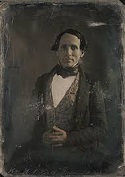















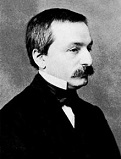








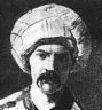









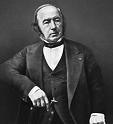







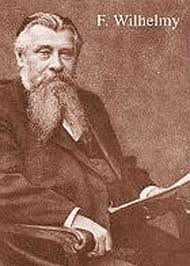



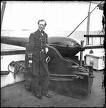






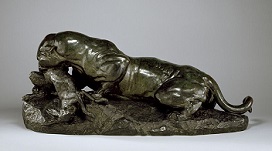





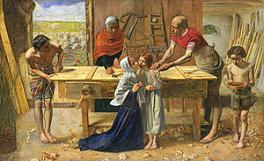

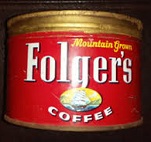
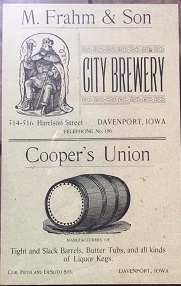
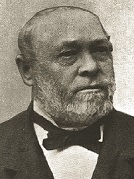
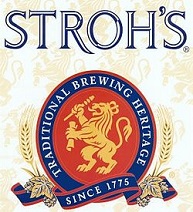
1850 Pop.: China: 430M, Germany: 34M, France: 33M, Spanish-speaking America: 22.5M, Great Britain: 21M, Brazil: 7.2M; the pop. of Washington D.C. is 51,687 incl. 37,941 whites and 13,746 blacks (3,687 free, 10,059 slave). Beginning this year large numbers of Scandinavians and Chinese begin immigrating to the U.S. - incl. Pa Cartwright and Hop Sing? The Seventh (7th) U.S. Census (of 1850) is the first to list persons by name and birthplace; total pop. is 23,191,876 in a land area of 2,940,042 sq. mi. (7.9 per sq. mi.); blacks 3.639M; free blacks 435K; New York City: 515K, incl. 100K of Irish descent, who constitute 43% of the foreign-born pop. of the U.S.; the life expectancy at birth is 38 years; in this half-cent. U.S. pop. triples, while cropland increases from 76M to 319M acres through deforestation; tere are 274,919 people listed with the surname Smith, growing to 2,376,206 in 2000. One U.S. dollar in this year has the same purchasing power as $22.53 in the year 2001. Breweries in U.S.: 431; total cap.: 750K barrels/year. There is a nat. yellow fever epidemic in the U.S. this year. Ty this year there are 6K+ private academies in the U.S. The Little Ice Age (begun 1250), which has kept Europe cold and half-starved suddenly ends in a span of a few years; the Great Glacier Retreat begins (ends ?) - giving Euros a chance to create a peaceful Paradise or a war-torn Hell? The Age of Heroic Medicine (begun 1780) ends, and the Age of Scientific Medicine begins (until ?). The final Congressional settlement of the slavery question, doo-dah doo-dah? On Jan. 29 U.S. Sen. (Whig-Ky.) (1848-52) Henry Clay (1777-1852) presents his Compromise of 1850 to the U.S. Senate in Washington, D.C., giving the three towering intellects of Clay, Calhoun, and Webster their day on the tottering nat. stage before they croak sans solutions; on Mar. 4 ailing U.S. Sen. (D-S.C.) (1845-50) John Caldwell Calhoun (1782-1850) has a speech read for him against the compromise and demanding equality and safety for the South, then dies in Washington, D.C. on Mar. 31; on Mar. 7 U.S. Sen. (Whig-Mass.) (1845-50) Daniel Webster (1782-1852) pushes for Union over slavery concerns and is pro-compromise before leaving office on July 22; newcomer U.S. Sen. (Whig-N.Y.) (1849-61) William Henry Seward Sr. (1801-72) (known for wearing yellow pantaloons and an outsized yellow handkerchief, and pausing theatrically during orations to dip into his snuff box) invokes "a higher law than the Constitution" and is against the compromise, as are U.S. Sen. (D-Miss.) (1847-51, 1857-61) Jefferson Finis Davis (1808-89) and Free Soil (ex-Whig) U.S. Ohio Sen. (1849-55, 1861) Salmon Portland Chase (1808-73), while 5'4" "Little Giant" U.S. Sen. (D-Ill.) (1847-61) Stephen Arnold Douglas (1813-61), chmn. of the Committee on Territories is for it, which carries a lot of weight; on Apr. 18 the matter is referred to a Senate committee of 13, with Clay as chmn.; in Apr. Compromise supporter Sen. (D-Miss.) (1847-52) Henry Stuart Foote (1804-80) draws a pistol on Compromise opponent Sen. (D-Mo.) (1821-51) Thomas Hart "Old Bullion" Benton (1782-1858) after Benton becomes enraged at Foote's verbal attacks and charges him, and is stopped by the other senators before he can fire; debate drags on as Pres. Taylor dies on July 9 in Washington, D.C. of enteritis after less than 500 days in office, and is succeeded by fill-more Millard Fillmore; on Sept. 20 a package of five bills is finally passed, ending a 4-year war over the status of territories acquired during the Mexican-Am. War of 1846-8. the Compromise abolishes the slave trade in Washington, D.C., even though the city adopted the laws of Md., keeping slavery legal, but that doesn't stop free blacks from flocking there, outnumbering slaves by 4-to-1 by 1860. The Euros decide that profit trumps Christ in China? On Feb. 25 emperor (since 1820) Qin Dao Guan (b. 1782) dies, and on Mar. 9 Qin Xian Feng (Qing Hsien-fung) (Chin. "universal prosperity") (1831-61) becomes Qing (Manchu) emperor #7 of China (until Aug. 22, 1861); after bribing a midwife to coverup her lack of virginity, cagey Manchu babe Cixi (Tzi-Hi) (Tsu-Hsi) (1835-1908) enters his harem as a concubine, 5th rank, then gives him some hot hsien-fung, bearing son (future emperor) Tong Zhi (Tung-chih) in 1856, receiving a promotion to 2nd rank in 1858; when the 30-y.-o. old man dies she proves she's done her homework, going on to virtually rule China for half a cent.; meanwhile in Dec. S Chinese peasants demanding land and equality, led by Hong Xiuquan (Xichuan) (Hung Hiu-Tsuen) (Hong Huoxiu) (Renkun) (1814-64), a Hakka Christian who had studied under Southern Baptist missionary Issachar Jacox Roberts (1802-70), and had made many converts, becoming Taiping heavenly king next Jan. 11 (until June 1, 1864), claiming to be the brother of Jesus Christ, and becoming known for keeping a Saturday Sabbath and eschewing tobacco and opium, burning it wherever found, begin the 14-year Taiping (Chin. "great peace") Rebellion (ends Aug. 1864); Hong Xiuquan proclaims himself emperor of the Taiping Heavenly Kingdom, attacks Peking, and takes Nanking (1854) and Shanghai from the Manchus, making thousands of Christian converts, albeit with a fractured trans. of the Bible; too bad that they destroy all idols, incl. statues of Christian saints and the Virgin Mary, pissing-off the Jesuits, who drag in the French to support the Manchus, and make the U.S. and British missionaries (who together had only made 1.5K converts) jealous, causing them to begin spreading disinfo., calling them pagans and accusing them of atrocities; worse of all, the British get mad at loss of opium revenue and send arms to the Manchus, which PM Gladstone later calls a black mark on British history?; the Taiping Heavenly Kingdom in S China grows to 30M people before it is brutally crushed, with 20M killed by the Qing Dynasty under gen. Zuo Zongtang (Tso Tsung-t'ang) (1812-85) (AKA Gen. Tso). On Feb. 28 the U. of Utah (originally the U. of Deseret until 1892) is founded in in Salt Lake City, Utah by the Deseret gen. assembly, becoming Utah's flagship univ. On Mar. 9 the Gorham Judgment of the English privy council orders the Anglican Church to accept eccentric clergyman George Cornelius Gorham (1787-1857), who denies that the sacrament of baptism has the objective effect of baptismal regeneration, but is conditional, dependent upon a later personal adoption of promises made, setting a precedent that a secular court can decide Anglican church doctrine. On Mar. 10 in France elections are held to replace the deputies condemned by Charles Louis Napoleon after walking out on June 13; the left wins back more than two-thirds of the empty seats. Waffle and chicken restaurants right ahead? On Mar. 27 the officially WASP gringo Calif. cities of San Jose (Spanish mission founded Nov. 29, 1777) (modern-day pop. 1M/8.7M) and San Diego (Spanish mission founded July 16, 1769) (modern-day pop. 1.3M/3.3M) are incorporated, followed by Los Angeles (Apr. 4) (Spanish mission founded Sept. 4, 1781) (modern-day pop. 3.8M/18.7M), and San Francisco (Apr. 15) (Spanish mission founded June 29, 1776) (pop. 870K/8.7M). On Apr. 19 Britain and the U.S. sign the Clayton-Bulwer Treaty regulating their relations with regard to Central Am. On Apr. 23 William Wordsworth (b. 1770) dies, and after lobbying for Elizabeth Barrett Browning proves to no avail, Alfred, Lord Tennyson (1809-92) becomes poet laureate of England; earlier in the year he finally marries long-time (since 1836) fiancee Emily Sarah Sellwood (1813-96), and becomes a big celeb and friend of Queen Victoria and Prince Albert, going from being broke and having to drop out of Cambridge in 1830 to rich by 1860 - watch out, I'm dangerous now that I'm selling out? In Apr. the Gettysburg Star and Banner coins the term "pipe down" after the captain of a ship orders his crew to be quiet. On June 3-11 the Nashville Convention in Tenn. is attended by 100+ delegates selected by the legislatures of 9 out of 15 slave states in an effort to establish unity in the face of the debate then going on in Congress; it proposes an extension of the Missouri Compromise line to the Pacific Ocean; when it is ignored, the convention reconvenes in Nov., attended by delegates from only seven states, and rejects the Compromise, asserting the right of secession; meanwhile late in the decade growing tensions cause pro-Southern residents of Calif. to propose splitting Calif. into Northern and Southern sections, but Congress votes it down; meanwhile the 1850 U.S. Fugitive Slave Act increases the resolve of abolitionists with criminal penalties for citizens concealing or rescuing a fugitive, as well as the award of a $10 fee to commissioners for accepting a slave owner's claim to an escaped slave, versus only $5 for rejecting it. On June 25 after a mob in Athens burns down the home of a British citizen, Lord Palmerston gives a big Speech on Affairs in Greece in Parliament, calling for a blockade of Greece by the British fleet; an abortive French mediation causes the Greeks to cave-in to British demands over the Don Pacifico Affair of 1847 - Jews don't get mad they get even? On June 27 ex-cavalry lt. Robert Pate beats Queen Victoria over the head with a cane, bruising it and crushing her bonnet, receiving seven years transportation to Van Dieman's Land (Tasmania); he returns in 1860 married and prosperous after inheriting his father's fortune; no more assassination attemps on Victoria until June 1887. In June the Coup of 1850, directed by Austrian foreign minister Friedrich Ferdinand Graf von Beust overthrows the 1849 Frankfurt constitution, allowing the police to crack down on dissent. On July 2 Russian pressure Prussia signs the Peace of Berlin with Denmark, conceding Schleswig-Holstein. On July 2 former British PM Sir Robert Peel (b. 1788) dies after a fall from a horse, causing the cabinet to be defeated and resign; Lord Stanley, 14th earl of Derby, leader of the protectionist Tories declines to form a new cabinet because his party only numbers one-third of the house; PM John Russell then forms a coalition of Whigs and Peelites, and becomes British PM (until Dec. 1852). On July 9 the Bab (b. 1819) is executed in Tabriz; his remains end up in a shrine on Mount Carmel in Haifa, Israel; his successor is Mirza Husayn-Ali Nuri (Mírzá Husayn- 'Alí Núrí) (1817-92), who flees to Baghdad in June 1851; on Aug. 15, 1852 a group of Bab followers attempts to assassinate the shah, resulting in riots against the Babi community and the imprisonment of many incl. him in Siyah-Chal (Black Pit) Prison in Tehran; after the assassin confesses that he wasn't in collusion with the leaders, and the Russian ambassador intervenes, he is released after 4 mo., and flees to Baghdad with his family on Apr. 8, 1853; on Apr. 21, 1863 he spends 12 days in the Garden of Ridvan near Baghdad, receiving his mission as a Messenger of God under the name Baha'ullah, founding the Baha'i Faith as separate from Babism; on Aug. 12, 1868 he and his family end up in a Turkish penal colony in Akka, Palestine; in 1879 he is allowed to live in the Mansion of Bahji outside Akka; he goes on to churn out tons of writings that reap new recruits; meanwhile French Aryan supremacist historian Count de Gobineau becomes their hero for obtaining the only complete ms. of the early history of the Babi religious movement written by the Bab. A lame mallard fills more useless years until the horrific U.S. Civil War? On July 9 (after 16 mo. in office) U.S. pres. (since 1849) Zachary Taylor (b. 1784) becomes the 2nd "big Whig" to die in office (after W.H. Harrison in 1841), five days after giving a long July 4th speech and eating a bowl of bad cherries infected with Asian cholera (not poisoned by arsenic by his enemies, as long believed?); on July 10 soft-spoken (born in a log cabin in Summerhill, N.Y.) (former cloth worker's apprentice and school teacher) New York atty. (future Know-Nothing) (last Whig pres.) Millard Fillmore (1800-74), AKA "the Accidental President", "the Wool-Carder President", "the American Louis-Philippe" (from his luxurious lifestyle) becomes the lucky number 13th (lame mallard?) U.S. pres. (until Mar. 4, 1853) in the 18th U.S. Pres. Inauguration in the U.S. Capitol in the chamber of the House or Reps. in Washington, D.C., becoming the 2nd unelected U.S. pres. (1st John Tyler) and 2nd U.S. pres. not to have a vice-pres. (1st John Tyler); Fillmore's wife (since 1826) Abigail Powers Fillmore (1798-1853) was his schoolteacher, and proves it by starting a library at the White House. In the summer Pope Pius IX issues a rescript dividing England into dioceses for the govt. of the Roman Catholic Church; British PM John Russell issues a public letter denouncing it as an insult to the queen and an attempt towards a union of the Anglican Church with Rome, and introduces the anti-Catholic Ecclesiastical Titles Bill, which forbids the assumption of titles derived from the U.K. by priests of the Roman Catholic Church. On Sept. 9 "Golden State" California (Calif.) is admitted as the 31st U.S. (free) state (2nd largest in the lower 48) (motto: Gr. "Eureka" = "I've found it", the first state motto not in English or Latin, starting a trend, followed by Minn., Mont., Wash., Alaska); there are now 16 free and 15 slave states, forever ending the old balance. On Sept. 9-20 the Compromise of 1850 passes after being split into five separate bills: 1: admitting (Calif.)) to the Union as a free state; 2: organizing the New Mexico Territory (N.M.) with the slavery issue to be decided by popular sovereignty, and payment of $10M to Texas to satisfy claims to New Mexico; 3: organizing the Territory of Utah ditto; 4: a stiff new fugitive slave act; 5: an act abolishing the slave trade (but not slavery itself) in the District of Columbia; the issue of popular sovereignty is left for future legislative debates, which is what makes the Southerners accept the whole deal; the Mormon Corridor from Utah N through W Wyo. and E Idaho, S to San Bernardino, Calif., W to Mesa, Ariz., and S to the U.S.-Mexico border (area between modern-day Interstate 15 and U.S. Route 89) begins to be settled by Mormons (until 1890). On Sept. 27 U.S. Oregon Donation Land Act (Land Claim Act of 1850) is passed to promote homesteading in Oregon Territory, causing an increase in settlers travelling the Oregon Trail, who are issued 7,437 land patents by the time the law expires in late 1855. On Sept. 28 flogging is abolished as a form of punishment by the U.S. Navy - too many find it enjoyable? In Sept. Chevalier J.G. Hulsemann, Austrian charge (chargé) in Washington, D.C. formally protests U.S. sympathy for the 1849 Hungarian Rev.; U.S. secy. of state Daniel Webster decides to use the occasion to revive U.S. patriotism and divert attention from the Missouri Compromise issue, and on Dec. 21 writes a letter to Hulsemann, bragging how the U.S. will soon exceed the AEIOU (see 1453) Austrian Empire in eminence, and generally to shove it; a few mo. later Lajos (Louis) Kossuth (1802-94), leader of the rev. is enthusiastically received in the U.S. after it is quashed. On Oct. 1 the U. of Sydney in Sydney, Australia is founded by the govt. of New South Wales, becoming Australia's first univ.; on Feb. 27, 1858 it receives a royal charter from Queen Victoria; motto: "Sidere mens eadem mutato" (Though the constellations are changed, the mind remains the same). On Oct. 5 the Italian Mafia murders the Irish chief of police in New Orleans, La., after which an Irish mob breaks into the jail and shoots the Italian suspects. On Oct. 23-24 the first Nat. Women's Rights Convention is held in Worcester, Mass., with 1K+ participants; more conventions are held through 1860 (except 1857). In Oct. after the Erfurt Parliament (Prussian Northern Union) in Prussia enacts a liberal 1850 Prussian Constitution, which establishes a bicameral parliament (until 1918); on Nov. 29 the Agreement (Punctuation) of Olmutz (Olmütz) is signed, causing Prussia to abandon the Erfurt Union and accept the revival of the German Confederation under Austrian leadership. The Anglo-Kaffir War begins (ends 1853). On Nov. 5 the Chilean govt. declares a state of siege in Santiago to ban the new liberal Sociedad de la Igualdad (Equality Society) - all who want equal opportunity, clap your hands? Count Camillo Benso di Cavour (1810-61) becomes minister of marine, commerce, and agriculture in Piedmont, Italy, going on to dominate the cabinet and begin a vast railway expansion program (800 km of track by 1860). Grand Duke (1824-59) Leopold II of Tuscany (1797-1870) enters into a convention to permit Austrian troops to occupy Tuscany so he can begin ruling with an iron hand. An Austro-Hungarian customs union is formed. After Sir Moses Montefiori and George Gawler visit Palestine in 1849 and start planning for Jewish resettlement, Reformist Ottoman sultan (1839-61) Abdulmejid I rejects a Zionist proposal to allow Jewish migration to Palestine from James Finn of the British Society for the Promotion of Jewish Agricultural Labor in the Holy Land - you and what army? The Public Libraries Act is passed in Britain. The Ottoman Commercial Code is passed. German law student (student of Franz Liszt) Hans Guido von Bulow (Bülow) (1830-94) attends the debut of Richard Wagner's "Lohengrin", goes ape and switches to music, getting a conducting job in Zurich on Wagner's recommendation, proving his ability to conduct without a score, but getting fired for being tactless, which only makes him more popular, allowing him to promote the careers of Wagner and Johannes Brahms, tour the U.S., and marry Franz Liszt's daughter Cosima, who leaves Wagner for him. Quebec-born John Harrington Stevens (1820-1900), who rose to col. in the U.S. Army in the Mexican-Am. War becomes the first authorized white resident on the W bank of the Mississippi River (future Minneapolis, Minn.) to provide ferry service from St. Anthony to Ft. Snelling; Ard Godfrey built the first house in St. Anthony in 1848. Alagir on the W bank of the Ardon River in North Ossetia is founded by by Prince Mikhail Semyonovich Vorontsov (1782-1856), viceroy of the Caucasus near an ancient silver/lead mine in the nearby Alagir Gorge. The Duffel (Duffle) Coat of coarse thick woolen material from Duffel, Antwerp, Belgium becomes popular throughout Europe; by 1890 it is used by the British Royal Navy; British field marshal Montgomery wears it in WWII. In this decade the 3rd cent. gambling game of Fan-Tan begins spreading outward from China via Cantonese emigrants to the U.S. incl. New York City and San Francisco; Macau begins setting up fan-tan tables, leading to a gambling industry. In this decade the English word "Gamine" (from the French word gamine, meaning waif or urchin) is coined, growing by the early 20th cent. to mean a boyish, wide-eyed young woman who is also chic, e.g., Mary Pickford, Lillian Gish, Louise Brooks, Paulette Goddard, and Audrey Hepburn. In this decade Mormon settlers begin arriving in Hawaii, trying to buy all the property in Lanai. In this decade Chinese laborers begin migrating to the Malay Peninsula to work in tin mines, with many ending up as coastal pirates. In this decade (1855?) the Third Great Awakening begins in the U.S. (ends 1930), based on the postmillennial belief in the Second Coming of Christ and fueled by the Social Gospel Movement, spawning the Holiness Movement, the Nazarene Movement, Christian Science et al. In this decade aristocratic liberal pro-Western Russian thinker Alexander Herzen (1812-70) pub. articles in Russia from exile in London inculcating Western liberal ideas, incl. the liberation of the serfs, which leads to their emancipation in 1861 - that way it doesn't herzen so bad? The once-a-year Santa Fe Trail for wagon trains is supplanted by a monthly stage. The Cumberland Road (begun 1815) is finally finished, reaching Vandalia, Ill.; in the 20th cent. it becomes part of U.S. Route 40. The city of Kansas City, Mo. at the junction of the Missouri and Kansas Rivers is incorporated (modern pop. 500K/2M). The city of Jernigen (later Orlando) in Fla. is founded by Aaron Jernigan (1813-91), who becomes the first white settler of Orange County, Fla. Ft. Clarke is founded on the Des Moines River 85 mi. NW of Des Moines, Iowa, then renamed Ft. Dodge in 1851 in honor of Iowa Sen. Henry Dodge (1782-1867); it becomes known for gypsum and potter's clay deposits. The Kickapoo tribe moves from Kansas through Texas into Coahuila, Mexico, where it becomes known as the Mexican Kickapoo tribe, known for living in wickiups, going on to become migrant laborers in Tex. - everybody ought to own one? Frederick County, Va.-born mulatto army scout and explorer James Pierson "Jim" Beckwourth (Beckwith) (1798-1867) discovers Beckwourth Pass through the Sierra Nevada mountain range in Calif. 50 mi. N of Lake Tahoe, the lowest pass (5,512 ft.) over the Sierras, and guides the first west-bound wagon trains over it, then gets a group of investors to back him into developing the route, which later becomes the Feather River route of the Western Pacific Railroad, and founds Beckwourth, Calif. (modern-day pop. 36.8K) 15 mi. W of the pass, w here he sets up a trading post, becoming the first stop for emigrants to Calif., once meeting 11-y.-o. Ina Coolbrith (1841-1928), who later (1915) becomes the first poet laureate of Calif.; in 1855 he leaves, travels to San Francisco, becomes famous after a book filled with his tall tales is pub., runs a store in Denver, Colo., marries an Indian named Sue, then returns in 1861. Mormons begin settling the area of Bryce Canyon in SW Utah, which is named after Ebenezer Bryce; it becomes a nat. monument in 1923 and nat. park in 1928. The cast iron railroad bridge at Newcastle, England, designed by the late George Stephenson (1781-1848) opens. The first SWX Swiss Stock Exchange is founded in Geneva, followed by Basel in 1866, and Zurich in 1873; in 1995 Switzerland implements the first fully automated stock exchange. Mare Island Naval Yard is established in Vallejo, Calif. 23 mi. NE of San Francisco, becoming the principal seat of the U.S. Pacific fleet. The Orthodox Church of Greece is established as an independent body. The state of N.H. defeats a measure to allow Roman Catholics to hold office in the legislature; it takes until 1877. A church council to manage Protestant churches is established in Prussia. Pope Pius IX issues a bull establishing a Roman Catholic hierarchy in England, causing Oxford bishop (since 1844) Samuel Wilberforce to get in hot water since his brother-in-law, the future Cardinal Manning converted to Catholicism. Am. Unitarian minister Theodore Parker (1810-60) coins the phrase "Of all the people, by all the people, for all the people", which is later picked up by Abe Lincoln. Auguste Rodin (b. 1840) flunks out of the Ecole des Beaux-Arts 3x. Ill. Wesleyan U. is founded in Bloomington, Ill.; John Wesley Powell joins the faculty in 1865, taking his students to visit the Rocky Mts. in 1867, becoming a first for Am. higher ed. Sylvester Graham (1794-1851) of Graham cracker fame founds the Am. Vegetarian Society based on a similar org. in Britain. The Bach-Gesellschaft is founded to pub. the complete works of Johann Sebastian Bach in 46 vols. (finished 1900). The Gunnery boarding and day prep school in Washington, Conn. is founded by abolitionist Frederick W. Gunn to teach scholarship, fitness, mutual respect, and integrity. A copra trading depot is established in Tuamotus by Godeffroy and Sohn of Hamburg, followed by one in Samoa in 1857, expanding throughout the South Pacific. Pittsburgh, Penn. black man Martin Robinson Delany (Delaney) (1812-85), whose slave mother in S.C. got him an illegal reading primer and had to flee with him to Penn. is admitted to lily-white Harvard U. as a pre-med student after presenting recommendations from 17 physicians; too bad, the faculty and students had "no objection to the education and elevation of blacks but do decidedly demonstrate against their presence in college with us", and he is expelled within three weeks, making him bitter and causing him to pub. a book in 1852 calling for blacks to exeunt stage left back to Africa. In 1850 the First Grinnell Expedition is financed by Henry Grinnell to find the lost Franklin Polar Expedition, finding his Beechy Island winter camp before becoming icebound in 1851 and giving up; Elisha Kent Kane is the senior medical officer, who leads the Second Grinnell Expedition in 1853, setting a new record for northward penetration, maps 960 mi. of unexplored coastline N of 82 lat., and discovers the Polar Sea before their brig Advance becomes icebound in 1855 and they give up after losing three crew members. In this decade the Panama Railroad is built, becoming the first coast-to-coast rail line in the Americas, carrying gold-seeking travelers from New York City W across the isthmus on their way to Calif. In this decade Albania begins a Renaissance (Rilindja) and a growth of nationalism; Naum Veqilharxhi (Bredhi) (1797-1854) founds the Albanian Cultural Assoc. which pub. Albanian language works. In this decade the zinfandel grape is brought into Calif. from Vienna, Austria (becoming the most commonly grown kind in Calif. until ?), along with the soybean from Japan and alfalfa seed from Chile. In this decade Cincinnati, Ohio hosts a winemaking industry based on Catawba grapes. bananas (Cavendish, Bluggoe, Pome, Red) are first grown commercially in Hawaii; by modern times 10K wild banana plants live in the Hawaiian Islands. Calif. gold fields produce 77 tons this year. In this decade Chinese workers in the gold mines start the San Francisco Chinese New Year Parade (on the 15th day of the new year, AKA the Lantern Festival) to show Yankees their culture, becoming the biggest outside Asia. In this decade the New York City political machine of Tammany Hall is taken over by Irish immigrants who learned about political action from their hero Daniel O'Connell, causing them to become a well-knit force that creates an anti-Irish and anti-Catholic reaction. In this half cent. the Boxer breed of dog is developed in Germany from the bulldog, terrier, and other breeds for use in dog fighting and bull baiting, which are outlawed by the end of the cent., when the breed is introduced in the U.S. and becomes one of the most popular pet breeds. West Point grad (1840) William Tecumseh Sherman (b. 1820) is promoted to capt., then becomes a partner in a St. Louis banking firm, resigning in 1853 to go full-time. In this decade the ancient city of Ur is unearthed by archeologists, starting with the 2150 B.C.E. Ziggurat of Nana. John Deere is making 4K steel plows a year in his 16th year. By this year over 4K of Cyrus McCormick's 1834 reapers have been sold. Nantucket, Mass.-born carpenter James Athearn Folger Sr. (1835-89) begins roasting coffee beans in Gold Rush San Francisco, founding J.A. Folger & Co. in 1872, which packages the "mountain grown" coffee in red cans; in 1965-86 actress Virginia Christine plays Swedish housewife Mrs. Olson; in 1984 the slogan "The best part of waking up is Folgers in your cup" is introduced - so the label says? Mass.-born astronomer Maria Mitchell (1818-89), discoverer of the Mitchell Comet becomes the first female member of the Am. Academy of Arts and Sciences. Nathaniel Hawthorne finally makes some money with "The Scarlet Letter", and moves to Lennox, Mass. (until 1852), becoming a neighbor of Herman Melville. P.T. Barnum brings "Swedish Nightingale" Jenny Lind (1820-87) to New York City, where her hotel is mobbed by 20K adoring fans - the original American Idol? Am. Quaker activists James and Lucretia Mott stick their necks out and make their home a key stop for the Underground Railroad. In the next five years Ralph Waldo Emerson, Henry David Thoreau, Nathaniel Hawthorne, Herman Melville, and Walt Whitman pub. their best work; "You might search all the rest of American literature without being able to collect a group of books equal to these in imaginative quality" (F.O. Mathiessen). The Neo-Gothic Architectural Style begins in this decade. Mathias Frahm founds the City Brewery in Davenport, Iowa, becoming the first commercial brewery in Iowa; in 1884 it becomes M. Frahm & Son; in 1894 it merges with the Davenport Malting Co. After fleeing the 1849 German Rev., Stroh Brewery Co. (Lion's Head Brewery until 1902) is founded in Detroit, Mich. by Kirn, Germany-born Bernhard Stroh Sr. (1822-82) to produce Bohemian-style pilsner in copper kettles; the logo is the heraldic lion of Kyrburg Castle in Germany; in 1893 Stroh Bohemian Beer wins a blue ribbon at the Columbian Exposition in Chicago, Ill.; in 1908 Bernard's brother Julius Stroh takes over, introducing the European fire-brewing method that uses a direct flame instead of steam to heat the kettles, claiming that "the fire-brewed distilling made the beer lighter"; during the Depression they manufacture Stroh's Ice Cream; in 1960 they begin sponsoring Detroit Tigers radio broadcasts; by 1978 production is up to 6.4M barrels, with distribution to 17 states, after which they acquire F&M Schaefer Brewing Co., increasing capacity to 40M barrels, with distribution in 28 states; in 1982 they sponsor the 1982 World's Fair in Knoxville, Tenn. and acquire the Schlitz Brewing Co., but the debt burden hurts it, and after a failed attempt to sell-out to Coors it sells its ice cream operation to Dean Foods Co. in 1988; in 1995 it acquires Helleman Brewing Co., makers of Colt 45 Malt Liquor; too bad, on Feb. 8, 1999 it sells-out to Pabst Brewing Co. and Miller Brewing Co. Waltham Watch Co., the first successful watch factory in the U.S. is founded in Waltham, Mass. The first brewery in India is founded in Mussoorie, Uttarakhand; by 1894 there are 22 breweries in British India, producing 6.1M gal./year, most going to British troops in India; the largest brewery is in Murree, producing 800K gal./year; breweries pay a tax of 1 cents/gal. Sports: By this year there are 400 bowling alleys in New York City. In this decade the game of Croquet (Fr. "croquer" = to crack), based on Pall Mall becomes popular in England, peaking in the 1860s, then being superseded in 1875 by lawn tennis, but making a comeback in 1897; a croquet ground is 30-40 yd. long and 20-30 yd. wide and has 6-10 hoops; the U.S. form, called roque is played on a 24 yd. x 12 yd. court with the corners cut off, and has 10 hoops; the game can be played by 2-8 players, and is best with eight. Architecture: In Jan. the Great Exhibition Commission is established, and holds a contest to design an exhibition hall that receives 245 entries; on June 9 Sir Joseph Paxton (1801-65), head gardener for the 6th Duke of Devonshire at Chatsworth House visits the site, then doodles the concept on June 11 onto a sheet of pink blotting paper, which is accepted in July, allowing him to build the £2M 1,851 ft. x 450 ft. x 128 ft. (770K sq. ft.) Crystal Palace in Hyde Park, London for the 1851 Internat. Exhibition before its May 1, 1851 opening; taking advantage of the invention of cast plate glass in 1848, supplied by the Chance Bros. of Smethwick, it contains 92.9K sq. m of glass; the name comes from an article by playwright Douglas Jerrold in Punch mag., referring to a "palace of very crystal"; after the exhibition it is moved to Penge Peak next to Sydenham Hill on Penge Common in South London until it burns down in 1936; the beginning of Victorian architecture, which incorporates cast iron, steel, and you know what in the structures. The Gothic revival St. Patrick's Cathedral in New York City, designed by Bloomingdale, Manhattan, N.Y.-born self-educated architect James Renwick Jr. (1818-95) is begun (finished 1879). The Winter Garden Theatre (originally Tripler's Hall) in New York City at 667 Broadway opens as a venue for Swedish Nightingale Jenny Lind; too bad, when she arrives it isn't finished, causing her to appear at Castle Garden instead; in Dec. 1850 thousands of Freemasons meet there; in Feb. 1842 a memorial service for novelist James Fenimore cooper is held there, presided over by Daniel Webster, with eulogies by Washington Irving and William Cullen Bryant; in 1854 it is rebuilt as the New York Theatre; on May 15, 1855 it is renamed Metropolitan Hall, followed on Dec. 27, 1855 by Laura Keene's Varieties; too bad, the Panic of 1857 causes it to close; in 1859 it is remodeled by Dublin, Ireland-born impresario Dion Boucicault (Dionysius Lardner Boursiquot) (1820-90), who renames it Winter Garden Theatre; on Nov. 25, 1864 Junius Brutus Booth, Junius Brutus Booth Jr., Edwin Booth, and John Wilkes Booth stage a benefit performance of Shakespeare's "Julius Caesar" to raise funds for a statue of Shakespeare in Central Park, after which on Apr. 14 (Good Fri.), 1865 John Wilkes Booth asassinates Lincoln at Ford's Theatre in Washington, D.C. while viewing a performance of "Our American Cousin", crying out the words of Brutus "Sic semper tyrannis". The 12th cent. Sayyed Hashem (Sayed al-Hashim) Mosque, containing the tomb of Hashem Ben Ad Manaf, grandfather of Prophet Muhammad (built by the Mamluks) is renovated by Sultan Abdul Mejid I; Gaza is called Hashem's Gaza after him. Inventions: About this time Swedish inventor (in Russia) Immanuel Nobel (1801-72) (father of Alfred Nobel) invents the Rotary Lathe, making possible the manufacturing of Plywood. In this decade Japanese (Tokyo) chef Hanaya Yohei (1799-1858) invents the modern form of Sushi that uses vinegar and can be prepared quickly for fast finger-food. In this decade Capt. John Adolphus Bernard Dahlgren (1809-70) of the U.S. Navy invents the smooth-bore soda-pop-bottle-shaped Dahlgren Cannon, made of metal which varies in thickness to match the internal pressure differences when fired; it becomes popular with the U.S. military during the U.S. Civil War; an explosion in 1860 causes the U.S. Navy to order the amount of powder used decreased, which the cmdr. of the USS Monitor blames for not destroying the CSS Virginia. Friedrich Gottlob Keller (1816-95) patents a machine for making paper from wood pulp; next year Hugh Burgess of England perfects the use of wood pulp for paper - hemp's days are numbered? Carl Kellner (1826-55) of Germany invents the 3-lens Kellner Eyepiece, the first modern achromatic eyepiece, and founds the Leitz Co., which in 1913 produces Leica brand cameras. British inventor ? Loy invents a pair of skates which attach to the foot via springs, and are graced by swan's neck ornaments. Science: French physiologist Claude Bernard (1813-78) discovers the glycogenic function of the liver; next year he establishes the existence of vasomotor nerves, and formulates the concept of milieu interieur (homeostasis). French physicist Jean Bernard Leon Foucault (1819-68) proves that light travels more slowly in water than in air, and that the speed varies inversely with the index of refraction. German scientist Hermann Ludwig von Helmholtz (1821-94) measures the conduction velocity in a frog nerve as 30 m/sec. German scientist Adolph Wilhelm Hermann Kolbe (1818-84) produces acetic acid using zinc and chloroacetic acid, thus transforming one organic substance into another without needing a living system, driving a final nail into the coffin of vitalism (not that its proponents don't stick with it till their deaths); "How is it that scientific theories change when some scientists, who are allegedly the most logical of men, continue to adhere to their pet beliefs in the face of all evidence?" (Max Planck) After obtaining his degree in 1845 under teachers Ernest Kummer and Peter Gustav Lejeune Dirichlet and quitting to manage a large farm and give his cousin-wife Fanny six children, German mathematician Leopold Kronecker (1823-91) launches his career with a paper solving the quintic equation via group theory, followed in 1853 by a paper extending the work of Evariste Galois, propsing the Kronecker-Weber Theorem sans proof (later given by David Hilbert), conjecturing Kronecker's Jugendtraum, which becomes Hilbert's Twelfth Problem (solved in ?); in 1855 he moves to Berlin 1855 and becomes friends with Karl Weierstrss, going on to introduce the Structure Theorem for Finitely-Generated Abelian Groups, the Theory of Divisors as an alternative to Dedekind's Theory of Ideals (which doesn't catch on), and propose the Kronecker Limit Formula, Kronecker's Congruence, the Kronecker Delta Function along with the Kronecker Cromb and the Kronecker Integral, the Kronecker Symbol (1885) (a generalization of the Jacobi Symbol to all integers), the Kronecker Matrix Product, the Kronecker Method for Factorization of Polynomials (1882), Kronecker Substitution, Kronecker's Theorem (1884) in number theory, Kronecker's Lemma, and Eistenstein-Kronecker Numbers; he also criticizes Gregor Cantor's work on set theory, which causes him to fall out with Weierstrass. English mathematician James Joseph Sylvester (1814-97) coins the term "matrix", followed by "graph", "discriminant", and "totient". English chemist Robert Warington (1807-67) pub. the Aquarium Principle, that plants submerged in a water-filled container will give off enough oxygen to support animal life, after which several aquariums are displayed at the Great London Exhibition of 1851, and in 1853 Philip Henry Gosse (1810-88) creates the first public aquarium at the London Zoo called the Fish House, coining the term "aquarium" and launching a craze. German scientist Ludwig Ferdinand Wilhelmy (1812-65) pioneers the study of chemical kinetics in the inversion of cane sugar, and observes that the rate is proportional to the concentration of undecomposed sugar, while the rate constant is dependent on the concentration of the acid catalyst. Nonfiction: Frederic Bastiat (1801-50), That Which is Seen and That Which is Unseen; introduces the Parable of the Broken Window, proposing the concept of Opportunity Cost, which term is coined in 1914 by Friedrich von Wieser; The Law; condemns statism and "legalized plunder", claiming that a just system of laws protects each person's life, liberty, and property, using force only to defend their rights; "I do not dispute their right to invent social combinations, to advertise them, to advocate them, and to try them upon themselves, at their own expense and risk. But I do dispute their right to impose these plans upon us by law - by force - and to compel us to pay for them with our taxes." Science and the Bible don't mix, or do, depending on your presuppositions? Bruno Bauer (1809-82), A Critique of the Gospels and a History of Their Origin (Kritik der Evangelien und Geschichte ihres Ursprungs); claims to establish the chronological order of the Gospels and their mutual interdependence; pushes the 1838 Marcan Hypothesis of Christian Gottlob Wilke, adding that Ur-Marcus was begun around the time of the Roman-Jewish Wars of 66-70 and finished during the reign of Emperor Hadrian (117-138), and that all the other gospels copy from it, and goes from trying to defend his "pure" gospel from the imperfections of the others to believing that Mark made Jesus up, claiming that the "Messianic Secret" theme gives it away; claims that Christianity is "Stoicism triumphant in Jewish garb". Friedrich Eduard Beneke (1798-1854), Pragmatishche Psychologie (2 vols.). Thomas Carlyle (1795-1881), Latter Day Pamphlets. Pafnuti Lvovich Chebyshev (1821-94), On Primary Numbers. Andrew Jackson Davis (1826-1910), The Philosophy of Special Providences; The Great Harmonia (6 vols.) (1850-61). Charles Dickens (1812-70), A Christmas Tree; calls it a "pretty German toy". Johann Gustav Droysen (1808-84), The Policies of Denmark Toward the Duchies Schleswig-Holstein; influential in Germany and Britain. Ralph Waldo Emerson (1803-82), Representative Men. Henry Richard Vassall Fox, 3rd Baron Holland (1773-1840), Foreign Reminiscences (posth.). Horace Greeley (1811-72), Hints Toward Reforms. Henry William Herbert (1807-58), The Fish and Fishing of the United States; pub. under alias Frank Forester. Soren Kierkegaard (1813-55), Practice in Christianity (Sept. 27); pub. under alias "Anti-Climacus"; how a true Christian must imitate Christ. Gen. Sir William Francis Patrick Napier (1785-1860), History of General Sir Charles Napier's Administration of Scinde, and Campaign in the Cutchee Hills. Arthur Schopenhauer (1788-1860), Parerga und Paralipomena: Short Philosophical Essays (2 vols.); contains the soundbyte that the cold Euro climate is responsible for white peoples' higher intelligence and culture: "The highest civilization and culture, apart from the ancient Hindus and Egyptians, are found exclusively among the white races; and even with many dark peoples, the ruling caste, or race, is fairer in colour than the rest, and has, therefore, evidently immigrated, for example, the Brahmins, the Inca, and the rulers of the South Sea Islands. All this is due to the fact that necessity is the mother of invention, because those tribes that emigrated early to the north, and there gradually became white, had to develop all their intellectual powers, and invent and perfect all the arts in their struggle with need, want, and misery, which, in their many forms, were brought about by the climate. This they had to do in order to make up for the parsimony of nature, and out of it all came their high civilization." Joseph Schwarz, Descriptive Geography and Brief Historical Sketch of Palestine; describes the Yehud Chebr Jews of Arabia, descended from Heber the Kenite, father-in-law of Moses. Bayard Taylor (1825-78), El Dorado; or, Adventures in the Path of Empire; his travels to Calif. and Mexico; becomes a hit, causing him to go on traveling farther and farther. Neofytos Vamvas, The Bible in Modern Greek; first complete trans., even though the Greek Orthodox Church officially prohibits it. Richard Wagner (1813-83), Polemic on Jewish Influence in Music - the first attack on rock and roll? Art: Ivan Aivazovsky (1817-1900), The Tenth Wave. Antoine-Louis Barye (1795-1875), Jaguar Devouring a Hare (bronze sculpture). William-Adolphe Bouguereau (1825-1905), Dante and Virgil in Hell. Pierre Puvis de Chavannes (1824-98), Pieta; his first major work, exhibited at the Paris Salon. Jean-Baptiste-Camille Corot (1796-1875), Une Matinee. Jasper Cropsey, Italian Landscape; Hudson River School. Francisco de Goya (1746-1828), Proverbios (engravings) (posth.). Pietro Gualdi, The Cathedral of Mexico City. Utagawa Kuniyoshi, First Ride on the New Pond (woodblock print). Emanuel Leutze (1816-68), Washington Crossing the Delaware; makes him a star in the U.S.; there's 12 people in the boat; destroyed in 1945 during the bombing of Dresden. John Everett Millais (1829-96), Christ in the House of His Parents; depicts Christ and his parents as a working class family in a carpentry shop, creating a firestorm of controversy after a negative review by Charles Dickens, who accuses him of portraying Mary as an alcoholic who looks "so hideous in her ugliness that... she would stand out from the rest of the company as a Monster, in the vilest cabaret in France, or the lowest gin-shop in England", rocketing the Pre-Raphaelite Brotherhood into notoriety and causing him to move away from the Pre-Raphaelite style by the end of the decade, helped by his 1855 marriage to Euphemia "Effie" "Phemy" Chalmers Gray (1828-97), who left her art critic hubby John Ruskin after he had supported his work in a Victorian love triangle, going on to become one of the wealthiest artists of his day, although his work is panned by critics. Jean-Francois Millet (1814-75), The Sower. Dante Gabriel Rossetti (1828-82), The Annunciation; Pre-Raphaelite sensual and symbolic? Emily Anne Eliza Shirreff and Maria Georgina Grey, Thoughts on Self-Culture Addressed to Women. Music: George Frederick Bristow (1825-98), Rip Van Winkle, Op. 22 (opera) (New York) (Sept. 27). Stephen Foster (1826-64), Camptown Races. Charles Gounod (1818-93), Ave Maria (based on the first Prelude of J.S. Bach); Tobie (oratorio); Gallia (Lamentation). Jacques Fromental Halevy (1799-1862), La Tempesta (opera); based on Shakespeare's "The Tempest"; La Dame de Pique (opera); after Prosper Merimee. Adolf von Menzel (1815-1905), The Round Table at San Souci. Robert Schumann (1810-56), Genoveva (Leipzig). Giuseppe Verdi (1813-1901), Stiffelio (opera) (Nov. 16) (Teatro Grande, Trieste); libretto by Francesco Maria Piave; based on the play "Le Pasteur, ou L'Evangile et le Foyer" by Emile Souvestre and Eugene Bourgeois; starts out as a plot about a Protestant minister forgiving his adulterous wife by quoting the New Testament, but after the censors step in it becomes an English Crusader who has his carpet cleaned? Richard Wagner (1813-83), Lohengrin (opera) (Aug. 28) (Weimar); the son of Parsifal (Percival) arrives in Antwerp in his swan-powered boat to rescue a princess of Brabant, and marries her, but when he is forced to tell her the top secret that he's a knight of the Grail he departs on the same boat (the original it's top secret, I could tell you but then I'd have to kill you?); Wagner misses the debut since he's in exile in Switzerland; contains the music for Here Comes the Bride (Bridal Chorus); makes a fan of young king Ludwig II of Bavaria, who becomes known as Der Marchenkonig (Märchenkönig) (The Fairy-Tale King), who builds a fairy-tale castle called Neuschwanstein (New Swan Stone), and patronizes Wagner, helping him compose, build a theater for, and stage his epic cycle "The Ring of the Nibelung". Plays: Lewis Carroll (1832-98), La Guida da Bragia: A Ballad Opera for the Marionette Theatre. Henrik Ibsen (1828-1906), Cataline (first play) (debut on Dec. 3, 1881); The Burial Mound (The Warrior's Barrow. Otto Ludwig (1813-65), Der Erbforster (The Hereditary Forester). Ivan Turgenev (1818-83), A Month in the Country. Poetry: Elizabeth Barrett Browning (1806-61), Sonnets from the Portuguese; 44 sonnets gushing with love for her hubby (since 1846) Robert Browning (1812-89), who calls her "my little Portuguese"; incl. Sonnet 43: "How do I love thee?/ Let me count the ways." Robert Browning (1812-89), Christmas-Eve and Easter-Day. Theophile Gautier (1811-72), Emaux et Camees (Émaux et Camées) (1850-65); his masterpiece, parting ranks with the Romantics with strong emotions and art for art's sake? John Godfrey Saxe (1816-87), Humorous and Satirical Poems. Alfred, Lord Tennyson (1809-92), Ring Out, Wild Bells; another elegy to Arthur Henry Hallam, about windy Waltham Abbey. William Wordsworth (1770-1850), The Prelude; or, Growth of the Poet's Mind (14 vols.) ; his magnum opus, started in 1798 at age 28, AKA "Poem to Coleridge"; about "the self-sufficing power of Solitude", and his love of Lakeland; original 1805 13-vol. ed. pub. 1926. Novels: Sir Richard Burton (1821-90) (tr.), The Thousand Nights and One Night (Thousand and One Nights) (Arabian Nights); Prince Sharrkan is entertained by Sheherezade for you know how many nights; Prince Houssain and his Magic Carpet. Wilkie Collins (1824-89), Antonina, or the Fall of Rome (first novel). Dinah Craik (1826-87), Olive. Alexandre Dumas fils (1824-95), La Dame aux Camelias (first novel); Tristan le Roux; Henri de Navarre. Gustave Flaubert (1821-80), A Simple Heart (short story). Elizabeth Gaskell (1810-65), The Moorland Cottage. Karl Gutzkow (1811-78), Die Ritter vom Geist; introduces his Simultantechnik. Nathaniel Hawthorne (1804-64), The Scarlet Letter (Mar. 16); his masterpiece, giving him internat. fame; Hester Prynne gets the Letter A for doing Arthur Dinsdale in Puritanland, while her wronged hubby Dr. Roger Chillingworth chills. Charles James Lever (1806-72), Roland Cashel. Herman Melville (1819-91), White Jacket, or The World in a Man-of-War; "There is no part of a frigate where you will see more going and coming of strangers, and overhear more greetings and gossipings of acquaintances, than in the immediate vicinity of the scuttle-butt [water cask], just forward of the main-hatchway, on the gun-deck." Ivan Turgenev (1818-83), The Diary of a Superfluous Man, about a man who has only a few days left to live, becoming the model for Russian lit. char. of the Superfluous man. Susan Bogert Warner (1819-85), The Wide, Wide World; pub. under alias Elizabeth Wetherell; pious tale of orphan Ellen Montgomery; first bestseller in the U.S., and most popular Am. novel after "Uncle Tom's Cabin". Births: Polish tenor Jean de Reszke (Jan Mieczyslaw) (d. 1925) on Jan. 4 in Warsaw. English historian Frederick York Powell (d. 1904) on Jan. 4 in Bloomsbury, London; educated at Rugby School, and Christ Church, Oxford U. German Social Dem. politician Eduard Bernstein (d. 1932) on Jan. 6 in Berlin. Am. architect John Wellborn Root Sr. (d. 1891) on Jan. 10 in Lumpkin, Ga.; partner of Daniel Hudson Burnham (1846-1912); father of John Wellborn Root Jr. (1887-1963). French "Madame Chrysantheme" novelist (gay?) ("Founder of Modern Exotic Fiction") Pierre Loti (Louis Marie-Julien Viaud) (d. 1923) on Jan. 14 in Rochefort, Charente-Maritime; born in a Protestant family; joins the navy and becomes a capt. in 1906; his alias comes from the lotus, which allegedly blushes unseen, referring to his shyness; either that or from roti (a red flower in Tahiti) after he gets a sunburn and mispronounces the r. Russian mathematician Sofia Vasilyevna Kovalevskaya (d. 1891) on Jan. 15. Am. Repub. New York City mayor #92 (1902-03) and Brooklyn mayor #23 (1881-5) (Episcopalian) Seth Low (d. 1916) on Jan. 18 in Brooklyn, N.Y.; educated at Columbia U; pres. #11 of Columbia U. (1890-1901); of old Puritan New England stock descended from Thomas Low of Essex County, Mass.; named after grandfather Seth Low (1783-1853), co-founder of Brooklyn. English "Obiter Dicta" Liberal statesman-writer Augustine Birrell (d. 1933) on Jan. 19 near Liverpool; educated at Trinity Hall, Cambridge U. German Gen. Karl Litzmann (d. 1936) on Jan. 22 in Neuglobsow, Stechlin, Brandenburg. German psychologist (discover of the Learning Curve, Forgetting Curve, and Spacing Effect) Hermann Ebbinghaus (d. 1909) on Jan. 24 in Barmen (near Bonn); father of Julius Ebbinghaus (1885-1981); educated at the U. of Bonn. English "Lady Godiva" Pre-Raphaelite painter-writer John Maler Collier (d. 1934) on Jan. 27; husband (1879-87) of Marian Huxley and (1889-) Ethel Huxley, daughters of Thomas Henry Huxley. Am. labor leader and AFL pres. (1886-1924) (Jewish) Samuel Taylor Barnes Gompers (d. 1924) on Jan. 27 in London; family is from the Netherlands; becomes an apprentice cigar maker in London's East End after only four years of schooling; emigrates to New York City in 1863 - Samuel's chompers? English RMS Titanic captain Edward John Smith (d. 1912) on Jan. 27 in Hanley, Stoke-on-Trent. Am. "At Fault" novelist Kate Chopin (Katherine O'Flaherty) (d. 1904) on Feb. 8 in St. Louis, Mo. English poet-journalist (ed. of "Saturday Review", 1884-94) and fencer Walter Herries Pollock (d. 1926) on Feb. 21 in London; educated at Eton College, and Trinity College, Cambridge U.; brother of Sir Frederick Pollock (1845-1937); father of Guy Cameron Pollock. Swiss hotelier ("King of Hoteliers and Hotelier to Kings") Cesar Ritz (d. 1918) on Feb. 23 in Niederwald; farmer parents. Am. railroad magnate and art collector (Huntington Library founder) Henry Edwards Huntington (d. 1927) on Feb. 27 in Oneonta, N.Y.; nephew of Collis Potter Huntington (1821-1900); husband of Arabella Huntington (1850-1924). Am. writer Laura Elizabeth Howe Richards (d. 1943) on Feb. 27 in Boston, Mass.; daughter of Julia Ward Howe (1819-1910); sister of Maud Howe Elliott (1854-1948). German The Rise of Christianity" liberal Monist Protestant theologian-historian Albert Kalthoff (d. 1906) on Mar. 5 in Barmen. U.S. Rep. (D-Mo.) (1893-5, 1897-1921) and U.S. House Speaker (1911-9) James Beauchamp "Champ" Clark (d. 1921) on Mar. 7 in Lawrenceburg, Ky.; father of Bennett Champ Clark (1890-1954). Czech pres. #1 (1918-35) and realist philosopher-sociologist Tomas (Tomáš) (Thomas) Garrigue Masaryk (d. 1937) on Mar. 7 in Hodonin, Moravia; Slovak father, Moravian mother; husband (1878-) of Charlotte Masaryk (1850-1923); father of Jan Masaryk (1886-1948). German Gen. Josias von Heeringen (d. 1926) on Mar. 9 in Kassel, Hesse. English New Sculpture sculptor Sir William Hamo Thornycroft (d. 1925) on Mar. 9 in London; son of Thomas Thornycroft (1815-85) and Mary Thornycroft (1814-95); brother of John Isaac Thornycroft (1843-1928) and Theresa Thornycroft (mother of Siegfried Sassoon); educated at the Royal Academy of Arts; knighted in 1917. Am. "Looking Backward" Socialist novelist Edward Bellamy (d. 1898) on Mar. 26 in Chicopee Falls, Mass; son of a Baptist minister father and Calvinist father; cousin of Francis Bellamy (1855-1931); great-grandson of Joseph Bellamy (1719-90). Am. Burgess Shale invertebrate paleontologist Charles Doolittle Walcott (d. 1927) on Mar. 31 in New York Mills, N.Y. Am. political economist (founder of the Federal Reserve System) James Laurence Laughlin (d. 1933) on Apr. 2 in Deerfield, Ohio; educated at Harvard U. Am. historian-educator Herbert Baxter Adams (d. 1901) on Apr. 16 in Shutesbury, Mass.; educated at Phillips Exeter College, Amherst College, and the U. of Heidelberg; co-founder (1884) of the Am. Historical Assoc; teacher of Charles McLean Andrews (1863-1943). French celeb model Marie-Hortense Fiquet Cezanne (Cézanne) (d. 1922) on Apr. 22 in Saligney; wife (1886-) of Paul Cezanne (1839-1906). Am. "Youth and Death, "Seated Abraham Lincoln in the Lincoln Memorial" sculptor Daniel Chester French (d. 1931) on Apr. 20 in Exeter, Mass.; neighbor of Ralph Waldo Emerson and Louisa May Alcott, whose sister May talks him into sculpting; educated at MIT. Am. travelogue writer-lecturer John Lawson Stoddard (d. 1931) on Apr. 24 in Brookline, Mass.; descendant of Solomon Stoddard (1643-1729); educated at Williams College, and Yale U.; father of Lothrop Stoddard (1883-1950). German Col. Gen. Hans Hartwig von Beseler (d. 1921) on Apr. 27 in Greifswald, Pomerania. English prince (Freemason) Arthur William Patrick Albert, Duke of Connaught and Strathearn, Earl of Sussex (d. 1942) on May 1 in Buckingham Palace, London; 7th child and 3rd son of Queen Victoria and Prince Albert; gov.-gen. #10 of Canada 1911-16. Am. Wild West gunfighter ("King of the Cowboys") John Peters "Johnny" Ringo (d. 1882) on May 3 in Greensfork, Ind.; cousin of Cole Younger (1844-1916). English inventor Edward Weston (d. 1936) on May 8 in Oswestry (near Wolverhampton), Shropshire; emigrates to the U.S. in 1870; inventor of constantan (60-40 Cu-Ni), manganin (86-12-2 Cu-Mn-Ni), and the cadmium-mercury cell; not to be confused with photographer Edward Weston (1886-1958). Am. statesman-politician-historian and U.S. Sen. (R-Mass.) (1893-1924) Henry Cabot Lodge Sr. (d. 1924) on May 12 in Boston, Mass.; great-great-grandson of George Cabot (1752-1823); father of George Cabot Lodge (1873-1909); grandfather of Henry Cabot Lodge Jr. (1902-85); educated at Harvard U. (first Harvard student to receive a doctorate in history, under teacher Henry Adams, where he becomes a champion of Anglo-Saxon superiority). English physicist (redhead) Oliver Heaviside (d. 1925) on May 18 in Camden Town, London; nephew of Sir Charles Wheatstone (1802-75); inventor of operational calculus; co-discoverer (1902) of the Kennelly-Heaviside layer of the Earth's atmosphere with Arthur Edwin Kennelly (1861-1939); known for being ever-poor, unemployed, and single, and pursuing no univ. degree (while kicking everybody's butt intellectually), painting his fingernails pink, and using granite blocks as furniture. English legal historian and atty. ("Modern Father of English Legal History") Frederic William Maitland (d. 1906) on May 28 in London; educated at Eton College, and Trinity College, Cambridge U. Am. maj. gen.-diplomat Frederick Dent Grant (d. 1912) on May 30 in St. Louis, Mo.; eldest son of pres. Ulysses S. Grant (1822-85) and Julia Grant (1826-1902); father of Ulysses S. Grant III (1881-1968). Am. lawman (Billy the Kid snuffer) Patrick Floyd "Pat" Garrett ("hard/bold spear") (d. 1908) on June 5 in Cussetta, Ala; grows up in Clairborne Parish, La. German physicist-inventor Karl Ferdinand Braun (d. 1918) on June 6 in Fulda, Hesse-Kassel; educated at the U. of Berlin. German zoologist Wilhelm Roux (d. 1924) on June 9 in Jena. Canadian atty.-journalist-hockey player ("the Father of Ice Hockey") James George Aylwin Creighton (d. 1930) on June 12 in Haifax, N.S. Hungarian orientalist and Islamic scholar (Jewish) ("Founder of Modern Islamic Studies in Europe") Ignac (Ignác) (Yitzhaq Yehuda) Goldhizer (d. 1921) on June 22 in Szekesfehervar. British diplomat-statesman field marshal (1909-) (Freemason) (bugger?) Lord Horatio Herbert Kitchener, 1st Earl Kitchener of Khartoum (d. 1916) on June 24 in Ballylongford, County Kerry, Ireland; created baron in 1898, viscount in 1902, and earl in 1914. Irish-Greek writer ("the Raven") Patrick Lafcadio Tessima Charles Hearn (d. 1904) (Koizumi Yakumo) on June 27 in Lefkada, Greece; Irish father, Greek mother; left eye goes blind at age 16 after a schoolyard mishap; emigrates to Cincinnati, Ohio in 1869; on June 14, 1874 marries African-Am. woman Alethea "Mattie" Folley (1854-), pissing-off the locals, causing him to move to New Orleans, La. in 1877, followed by Martinique in 1887, and Japan in 1890. Bulgarian poet Ivan Vazov (d. 1921) on June 27 in Sopot. British "Child's First History of England" writer (suffragist) Louise Hume Creighton (nee von Glehn) (d. 1936) on July 7 in Sydenham; brother of Alfred de Glehn (1848-1936); wife (1872-1901) of Mandell Creighton (1843-1901). Am. nun (St.) Frances Xavier (Maria Francesca) "Mother" Cabrini (d. 1917) on July 15 in Sant'Angelo Lodigiano, Lombardy, Italy; first U.S. citizen canonized; feast day: Dec. 22. Am. tobacco magnate Richard Joshua "R.J." Reynolds (d. 1918) on July 20 in Patrick County, Va.; educated at Emory and Henry Colleghe. French short story writer and novelist Henri Rene Albert Guy de Maupassant (d. 1893) on Aug. 5 in Tourville-sur-Arques; pupil of Gustave Flaubert. French "Our Sixth Sense" physiologist-parapsychologist Charles Robert Richet (d. 1935) on Aug. 25 in Paris; coiner of the term "ectoplasm". Am. "Wynken, Blynken and Nod" journalist-poet ("the Children's Poet") Eugene Field Sr. (d. 1895) on Sept. 2 in St. Louis, Mo.; educated at Williams College. Am. baseball hall-of-fame pitcher and sporting goods manufacturer Albert Goodwill Spalding (d. 1915) on Sept. 2 in Byron, Ill. German Voigt Effect physicist Woldemar Voigt (d. 1919) on Sept. 2 in Leipzig; student of Franz Ernst Neuman; coiner of the term "tensor". German Assyriologist Friedrich Delitzsch (d. 1922) on Sept. 3 in Erlangen. German Bavarian war minister (1912-16) Col. Gen. Paul Otto Felix Freiherr Kress (Kreß) von Kressenstein (d. 1929) on Sept. 13 in Germersheim; father of Franz Otto Freiherr Kress von Kressenstein (1881-1957). Am. newspaper ed. (San Francisco Examiner, New York Morning Journal) Samuel Selwyn Chamberlain (d. 1916) on Sept. 25 in Walworth, N.Y.; educated at NYU. U.S. Rep. (R-Penn.) (1901-3) Henry Burk (d. 1903) on Sept. 26 in Knittlingen, Wurttemberg, Germany; emigrates to the U.S. in 1854; grandfather of Henry Burk Jones (b. 1912-99). French naval minister (1914) Armand (Elzear) Gauthier (Armand Gauthier de l'Aude) (d. 1926) on Sept. 28 in Fitou. French explorer and gov. of Martinique (1908-13) Fernand Fourneau (d. 1914) on Oct. 17 in Saint-Barbant, Haute-Vienne. German Prussian WWI Gen. Alexander Ferdinand Ludolf von Quast (d. 1939) on Oct. 18 in Radensleben, Brandenburg. Am. "Poems of Passion", "The Worlds and I" poet Ella Wheeler Wilcox (d. 1919) on Nov. 5 in Johnstown, Wisc. German peyote pharmacologist Louis Lewin (d. 1929) on Nov. 9 in Tuchel, West Prussia. Scottish "Treasure Island" novelist-poet and travel writer Robert Louis (Balfour) Stevenson (d. 1894) (AKA Velvet) on Nov. 13 in Edinburgh; son of a civil engineer. French automotive engineer-inventor Arthur Constantin Krebs (d. 1935) on Nov. 16 in Vesoul. Czech Social Dem. activist Charlotte Garrigue Masaryk (d. 1923) on Nov. 20 in Brooklyn, N.Y.; wife (1878-) of Tomas Masaryk (1850-1937); French Huguenot descent father, English Mayflower descent mother; mother of Jan Masaryk (1886-1948). German bacteriologist Hans Buchner (d. 1902) on Dec. 16 in Munich; brother of chemist Eduard Buchner (1860-1917). Czech "Sarka", "The Bride of Messina" composer Zdenek Fibich (d. 1900) on Dec. 21 in Seborice (near Caslav). Am. pres. son William Wallace "Willie" Lincoln (d. 1862) on Dec. 21 in Lexington, Ky.; 3rd son of Abraham Lincoln (1809-65) and Mary Todd Lincoln (1818-82). Russian saccharin chemist Constantin Fahlberg (d. 1910) on Dec. 22 in Tambov; co-discoverer with Ira Remsen (1846-1927) of saccharine (1879). U.S. commerce and labor secy. (1906-9) (Jewish) Oscar Solomon Straus (d. 1926) on Dec. 23 in Ottergerg, Germany; educated at Columbia U.; first Jewish member of a U.S. pres. cabinet; brother of Isidor Straus (1845-1912) and Nathan Straus (1848-1931); uncle of Jesse Isidor Straus; grandfather of Roger W. Straus Jr. (1917-2004). English geologist ("Father of Seismology") (inventor of the seismograph) John "Earthquake" Milne (d. 1913) on Dec. 30 in Liverpool. Austrian novelist Baron Arthur Gundaccar von Suttner (d. 1902); husband (1876-) of novelist Bertha von Suttner (1843-1914). Russian gen. Count Fyodor (Feodor) (Fedor) Keller (d. 1904); French-Austrian noble ancestry. Am. Sioux chief Hollow Horn Bear (Matho Hehlogeca) (d. 1913) in Sheridan County, Neb.; son of Chief Iron Shell. Syrian Christian medical writer Shibli Shumayyil (d. 1917); advocates Science as the future which will supplant religion as the foundation of society. Am. art collector (Huntington Library founder) (richest woman in the U.S.) Arabella Duval Yarrington "Belle" Huntington (d. 1924) in Va.; wife (1884-1900) of Collis Potter Huntington (1821-1900) and (1913-24) Henry Edwards Huntington (1850-1927); mother of Archer Milton Huntington (1870-1955). Am. "Pushing to the Front" New Thought writer Orison Swett Marden (d. 1924) in Thornton Gore, N.H. Saudi ruler-imam Abdul-Rahman bin Faisal (d. 1928); father of King Abdul-Aziz (1876-1953). English movie pioneer Frank Motthershaw (d. 1932) in Sheffield, Yorkshire. Deaths: French statesman Francois-Nicolas Mollien (b. 1758) in Apr. Swiss wax museum queen Madame Tussaud (b. 1761) on Apr. 16 in London - next to the planetarium? English clergyman-poet William Lisle Bowles (b. 1762) on Apr. 7. Bohemian composer Adalbert Gyrowetz (b. 1763) on Mar. 19 in Vienna. Uruguayan leader Jose Gervasio Artigas (b. 1764) on Sept. 23 in Paraguay (exile); asks for a horse so he can die gaucho style?; his birthday June 19 becomes an Uruguayan nat. holiday. German sculptor Johann Gottfried Schadow (b. 1764) on Jan. 27 in Berlin. English poet laureate William Wordsworth (b. 1770) on Apr. 23 in Rydal Mount; leaves The Prelude, or, Growth of a Poet's Mind: An Autobiographical Poem, his masterpiece, begun in 1798, which is pub. in July by his widow Mary. Scottish lit. critic and judge Francis Jeffrey, Lord Jeffrey (b. 1773) on Jan. 26. Dutch-born Russian adm. Login Petrovich Geiden (b. 1772) on Oct. 17 (Oct. 5 Old Style) in Tallinn, Estonia. France's last king (1830-48) Louis Philippe (b. 1773). Irish kyanizing process inventor John Howard Kyan (b. 1774). Haitian soldier-statesman Jean-Pierre Boyer (b. 1776) on July 9 in France. USMC hero First Lt. Presley O'Bannon (b. 1776) on Sept. 12 in Henry County, Ky. English novelist-playwright Jane Porter (b. 1776) on May 24 in Bristol. Argentine pres. (1816-19) Juan Martin de Pueyrredon (b. 1776) on Mar. 13 in San Isidro, Buenos Aires. French scientist Joseph Louis Gay-Lussac (b. 1778). South Am. liberator Gen. Jose de San Martin (b. 1778) on Aug. 17 in France. Danish poet Adam Gottlob Oehlenschlager (b. 1779) on Jan. 20. U.S. vice-pres. #9 (1837-41) Richard Mentor Johnson (b. 1780) on Nov. 19 in Frankfort, Ky. Scottish historical painter Sir William Allan (b. 1782). Am. proslavery statesman John Caldwell Calhoun (b. 1782) on Mar. 31. Chinese Qing (Manchu) emperor #6 (1820-50) Qin Dao Guang (b. 1782) on Feb. 25 in Beijing. English electromagnet physicist William Sturgeon (b. 1783) on Dec. 4 in Prestwich, Lancashire. German economist Johann Heinrich von Thunen (b. 1783) on Sept. 22 in Rostock. U.S. pres. #12 (1849-50) "Old Rough and Ready" Zachary Taylor (b. 1784) on July 9 in Washington, D.C. (acute enteritis). English chemist William Prout (b. 1785) on Apr. 9. French-Canadian fur trapper Etienne Provost (b. 1785) on July 3 in St. Louis, Mo. English PM (1834-5, 1841-6) Sir Robert Peel (b. 1788) on July 2 in London; dies from injuries from falling from his horse on Constitution Hill on June 29. U.S. Sen. (DR-Mich.) (1837-41) John Norvell (b. 1789) on Apr. 24 in Detroit, Mich. Polish gen. Jozef Bem (b. 1794) on Dec. 10 in Aleppo, Syria. French writer-dramatist Honore de Balzac (b. 1799) on Aug. 18 in Paris: "Modesty is the conscience of the body"; "Power does not consist in striking with force or with frequency, but in striking true"; "I prefer thought to action, an idea to a transaction, contemplation to activity"; "Equality may be a right, but no power on earth can convert it into fact"; "What is Art, monsieur, but Nature concentrated?" U.S. Dem. gov. of Ill. #8 (1842-6) Thomas Ford (b. 1800) on Nov. 3 in Peoria, Ill. Am. birth control pioneer Charles Knowlton (b. 1800) on Feb. 20. French economist Frederic Bastiat (b. 1801) on Dec. 24 in Rome, Italy (TB). German chemist Germain Henri Hess (b. 1802) on Dec. 13 in St. Petersburg. Hungarian poet Nikolaus Lenau (b. 1802) on Aug. 22 in Oberdobling (near Vienna); dies in an asylum where he was put in Oct. 1844 after running through the streets shouting "Revolt, freedom, help, fire!". Japanese scholar Takano Choei (b. 1804) on Dec. 3; dies resisting arrest. Am. Mormon Church co-founder Oliver Cowdery (b. 1806) on Mar. 3 in Richmond, Mo. Am. feminist writer-journalist Sarah Margaret Fuller (b. 1810) on July 19 off Fire Island, N.Y.; dies with her hubby and infant son in a shipwreck while returning to the U.S. from Rome, where they heroically stayed until the city fell to the French, she directing a hospital and he fighting with the nationalists - for a fuller life become a women's libber? Persian Bahaism founder The Bab (b. 1819) on July 9 in Tabriz (executed) - holy smoke and Christmas tree, didn't live as long as Jesus Christ? Am. pres. Abraham Lincoln's son Eddie Lincoln (b. 1846) on Feb. 1 (TB?).























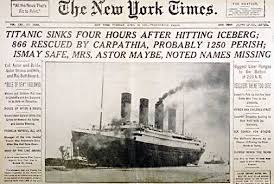




















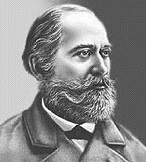


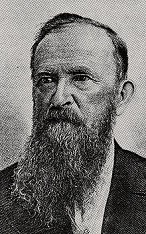
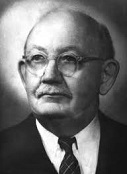


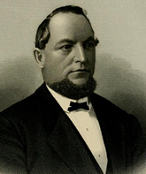

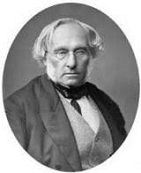






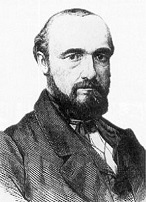
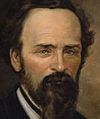






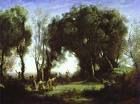



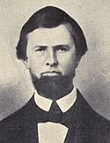
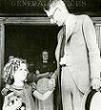


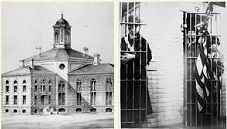
1851 Irish immigration to the U.S. reaches a peak of 221K this year. British pop.: 18M; over 50% are living in urban areas, and 25% live in areas with a pop. greater than 100K; only 15% of the U.S. pop. of 23M is urban. The U.S. influenza epidemic continues. On Jan. 9 Salt Lake City (originally Great Salt Lake City) (modern pop. 180K/560K) is incorporated; a territorial legislature is established on Apr. 5; the pop. of Utah is 11,354 - one Mormon cock to every how many dozen Moron pussies? On Jan. 15 gen. Mariano Arista (1802-55) succeeds Jose Joaquin de Herrera as pres. of Mexico (until 1853). On Jan. 28 Northwestern U. in Evanston (near Chicago), Ill. on the shore of Lake Michigan, founded on May 3, 1850 by nine businessmen led by future Colo. Territory gov. (1862-5) John Evans (1814-97) is chartered by the state of Ill., affiliated with the Methodist Episcopal Church but opening enrollment to all faiths; classes open in 1855; women are admitted in 1869; alumni incl. actors Ann-Margret, Warren Beatty, Stephen Colbert, Zooey Deschanel, Julia Louis-Dreyfus, Marg Helgenberger, Charlton Heston, Jennifer Jones, Cloris Leachman, Shelley Long, Paul Lynde, Meghan Markle, Megan Mulally, Seth Myers, Jerry Orbach, Paula Prentiss, Tony Randall, David Schwimmer, McLean Stevenson, and U.S. Supreme Court justice John Paul Stevens. On Feb. 6 after intense heat and drought in 1850, the Black Thursday Bushfires in Victoria, Australia see the temp in Melbourne peak at 47.2C (117F) at 11:00 a.m., whipping winds up to tornado-like force and starting a fire that burns 5M hectatres and kills 1M sheep, thousands of cattle, and 12 humans; "The temperature became torrid, and on the morning of the 6th of February 1851, the air which blew down from the north resembled the breath of a furnace. A fierce wind arose, gathering strength and velocity from hour to hour, until about noon it blew with the violence of a tornado. By some inexplicable means it wrapped the whole country in a sheet of flame - fierce, awful, and irresistible." (Picturesque Atlas of Austalasia, 1886) On Mar. 5 (early am.) ignoring a June 24, 1850 peace agreement, 400 Sonoran Mexican soldiers led by Col. Jose Maria Carrasco cross into Chihuahua and attack the Chiricahua Apache camp of medicine man Geronimo ("he who yawns") (1829-1909) outside Janos while the men are in town trading, killing 21 Apaches incl. chief Yrigollen, along with Geronimo's wife, children, and mother; chief Mangas Coloradas sends him to Cochise for help, and they declare war on the Mexicans; he goes on to have eight more wives, one after another, while leading a band of 38 men, women, and children against the Mexicans and later the U.S. Army until 1886 - looks like a giant through a dense fog? On Mar. 16 the Spanish govt. signs a Spanish-Vatican Concordat with the Vatican, making the Roman Catholic Church the sole authorized faith, with control of education and censorship - ground control to Major Tom? On Mar. 25 Am. trading post owner James D. Savage discovers the breathtaking Yosemite Valley after Yosemite Indians attack his camp on the Merced River 20 mi. away and he leads a battalion after them. In Mar. Currie, Scotland-born Daniel Dunglas Home (1833-86) (pr. like Hume) begins giving seances in Conn., becoming a celeb with his ability to levitate, speak with dead spirits, and produce rapping and knocking noises, gratefully accepting gifts; too bad, his gifts don't cure his TB, which he dies from. Speaking of the relations between the sexes? In Mar. wealthy married 35-y.-o. mother of four (later seven) (1842-59) Elizabeth Cady Stanton (1815-1902), known as the philosopher of feminism first meets 31-y.-o. self-supporting marriage-hating teacher-activist Susan Brownell Anthony (1820-1906) on a street in Seneca Falls, N.Y., causing the latter to add women's rights to her causes of temperance and abolition. On Apr. 2 Thai king (since 1824) Rama III (b. 1788) dies, and his brother Prince Mongbut becomes Rama IV Mongkut (1804-68) (pr. MON-kuh), Chakri king #4 of Siam based in Bangkok, going on to have 82 children by 39 wives and hire a British governess for his heir apparent Chulalongkorn. On Apr. 6 after freaking at the Gorham Judgment of 1850, Henry Edward Manning (1808-92) (who had once been married to a wife who died of consumption) switches from the Anglican to the Roman Catholic Church, and works his way up to cardinal by 1875. On Apr. 22 Anne Elizabeth "Annie" Darwin (b. 1841), 2nd child and eldest daughter of Charles Darwin and Emma Darwin dies of TB or scarlet fever, freaking Charles out, and turning him decisively to agnosticism (term coined in 1868), splitting ranks with his devout Christian wife for life. On May 1 Queen Victoria inaugurates Prince Albert's Great London Exposition (Great Exhibition of the Works of Industry of All Nations) (Crystal Palace Exhibition) at the Crystal Palace in Hyde Park, London, showing off how Britain is 50 years ahead of the Continent in the Industrial Rev., with pavilions of "new techniques and new industries", introducing Americans and other yokel visitors to bonbons, chocolate creams, and hard candies, among many other modern marvels and wealth of this apotheosis of the British Empire at its height, incl. the mysterious Chinaman, and the Pigtail Organ, which ties the keys to pincers on the tails of swine selected for distinctive pitched squeals; German "cannon king" ironmaker Alfred Krupp (1812-87) exhibits a flawless solid cast steel ingot weighing over two tons, launching his internat. rep. On June 2 the Erie Railroad reaches Dunkirk on Lake Erie, becoming the first railway to make connection with the Great Lakes. On June 2 the Maine Prohibition Law of 1851, sponsored by Quaker Portland mayor (1851) Neal S. Dow (1804-97), "the Napoleon of Temperance", "Father of Prohibition" is signed, becoming a model, causing other states to follow suit, incl. R.I. (1852-62), Vt. (1852-3), Mass. (1852-68), Mich. (1853-75), Conn. (1854) Ohio (1854), N.Y. (1854), Ind. (1855), Penn. (1855), Iowa (1855), N.H. (1855), Del. (1855), Neb. (1855), and Kan. (1880); Maine's law is repealed in 1856. On June 20 the San Jose Mercury News (originally the "San Jose Weekly Visitor" until 1883, then the "San Jose News") is founded in San Jose, Calif.; in 1942 the "Mercury" acquires it, merging in 1983, soon discontinuing its afternoon ed., becoming a key chronicler of the rise of the computer industry in Silicon Valley; in 1952 it is acquired by Ridder, which merges with Knight in 1974 to form Knight-Ridder, which is acquired on Mar. 13, 2006 by the McClatchy Co., which renames it "The Mercury News"; in 2016 the "San Mateo County Times" merges with it. In summer the Runaway Officials of 1851, federal Judge Perry Brocchus, federal Judge Lemuel Brandenbury, and Utah Territorial secy. Broughton Harris arrive in Utah, enjoying festive welcomes but soon coming into conflict with Mormon settlers over polygamy and the admin. of new territorial gov. Brigham Young, and all leaving by the end of Sept., with their posts remaining unfilled for the next two years. In summer new Roman Catholic bishop of N.M. (since July 23) Jean-Baptiste Lamy (1814-88) arrives in Santa Fe, N.M., going on to build it up, establish churches, parishes, and schools, and end the marriage of priests and religious brotherhoods, becoming Santa Fe's first archbishop on Feb. 12, 1875, and later becoming the subject of Willa Cather's 1927 novel "Death Comes for the Archbishop". In July 1 the city of Melbourne (founded Aug. 30, 1835) (modern-day pop. 4.7M) becomes the capital of the new British colony of Victoria in S Australia; meanwhile in Feb. gold is discovered in New South Wales at Bathurst by Edward Hargraves, who had just come from the gold fields of Calif.; on Aug. 21 gold is discovered in Victoria at Golden Point near Ballarat, and in Sept. at Bendigo Creek, sparking a new gold rush that swells Melbourne's pop. by 500K in a decade (3x), the whites systematically pushing the aborigines out of the way onto reserves and missions. On July 4 Congress authorizes a new U.S. flag with 31 stars (design #13) - which now incl. California, the land of fornication, swimming pools, and movie stars? On July 4 Pres. Fillmore leads a ceremony for the laying of the "cornerstone of the new Capitol edifice"; Sen. Daniel Webster gives his last 4th of July oration. On Sept. 14 the town of Seattle, Wash. on Puget Sound at the mouth of the Duwamish River is claimed by a large party of settlers led by Luther Collins; on Nov. 13 another party from Knox County, Ill. via Portland, Ore. led by Salem, Ind.-born Arthur Armstrong Denny (1822-99) claim Alki (Battery) (Roberts) (Me-Kwah-Mooks) Point (West Seattle), moving to the E shore of Elliott Bay at modern-day Pioneer Square and naming their settlement after Duwamish-Suquamish chief Seattle (Sealth) (Si'ahi) (1786-1866). On Sept. 17 the Treaty of Ft. Laramie is signed with the Sioux, Cheyenne, Arapaho, Shoshone, Assiniboine, Mandan, Hidatsa, and Arikara tribes, promising control of the Great Plains to them "as long as the river flows and the eagle flies"; they promise safe passage to whites on the Oregon Trail in return for a $50K annuity for 50 years, with permission for palefaces to build roads and forts to protect them; NE Colo. is given to the Southern Cheyenne and Arapahoe tribes; ratified by the U.S. Senate in 1853 after changing 50 years to 10, which the Crows don't agree too, as if that stops them?; of course, the feds renege on the payments to several of the tribes, but it creates peace long enough to let them build roads and forts, hehe. On Sept. 18 the 1-cent The New York Times (NYT) (originally the New-York Daily Times until Sept. 14, 1857, and the New-York Times until Dec. 1, 1896)) newspaper begins pub., ed. by Henry Jarvis Raymond (1820-69), who goes on to become an Abe Lincoln supporter; on Apr. 21, 1861 it begins pub. a Sun. ed.; "We shall be Conservative, in all cases where we think Conservatism essential to the public good; - and we shall be Radical in everything which may seem to us to require radical treatment and radical reform. We do not believe that everything in Society is either exactly right or exactly wrong; - what is good we desire to preserve and improve; - what is evil, to exterminate, or reform"; in 1896 it is purchased by Jewish publisher Adolph Simon Ochs (1858-1935), who coins the slogan "All the News That's Fit to Print", and passes it to his son Arthur Hays Sulzberger (1891-1968), who passes it to his son Arthur Ochs "Punch" Sulzberger Sr. (1926-2012), who passes it to his son Arthur Ochs Sulzberger Jr. (1951-). On Sept. 22 Harvard-educated Watertown, Mass.-born Benjamin Robbins Curtis (1809-74) becomes the 31st U.S. Supreme Court justice (until Sept. 30, 1857) to replace Levi Woodbury (1845-51), giving the court nine members; he goes on to become one of the two dissenters in the Dred Scott case, and resigns in protest. Adolph Simon Ochs (1858-1935). In Sept. a meeting of 10K Indians representing eight Northern Plains tribes, called by U.S. govt. agent (former mountain man) Thomas "Broken Hand Tom" "White Hair Tom" Fitzpatrick (1799-1854) near Ft. Laramie, Wyo. ends with the govt. offering to pay thousands of dollars in trade goods per year in exchange for safe passage of whites through their territories, tricking them into agreeing into tribal reservations with fixed boundaries that mess up their entire way of life and make them dependent on white handouts; in 1853 a similar treaty is negotiated with the Southern Plains tribes - now we got them where we want them? On Oct. 31 (Oct. 19 Old Style) Peter II (b. 1813) dies, and after a short power struggle his nephew Danilo Petrovic Njegos (backed by the Russian tsar) becomes prince-bishop (knjaz-vladika) Danilo II (1826-60) of Montenegro (until Aug. 13, 1860), going on to separate church and state and drop his title of bishop and be satisfied with being the big knjaz - Jazzy Dan? On Nov. 11 after four other supreme dirs. come and go, Jose Laureano Pineda Ugarte (1802-53) becomes supreme dir. of Nicaragua, and sticks around until Apr. 1853, moving the capital to Managua to end the rivalry between Leon and Granada. On Dec. 2 after Victor Hugo (1802-85), Jules Favre (1809-80) et al. try to organize an armed insurrection against pres. Charles Louis Napoleon, he stages his own coup and overthrows the 2nd French Repub. (founded 1848), seizing dictatorial powers; the incident is used by British PM John Russell to force the resignation of crowd-pleasing but arbitrary foreign secy. (since 1846) Lord Palmerston for supporting the coup, which weakens his cabinet and causes the popularity of Victoria and Albert to tank; Hugo flees to Belgium, then the island of Jersey, then the island of Guernsey in 1855-70, churning out anti-Napoleon verse propaganda and his masterpiece "Les Miserables". On Dec. 24 the Library of Congress in Washington, D.C. burns, destroying 35K vols. On Dec. 29 the first Young Men's Christian Assoc. (YMCA) in the U.S. is organized at the Old South Church in Boston, Mass. by missionary Capt. Thomas Valentine Sullivan (1800-59). In Dec. ex-slave Sojourner Truth (1797-1883) delivers her famous And Ar'n't I a Woman Speech at a women's rights convention in Akron, Ohio. Rama Varma IV dies, and Kerala Varma IV (d. 1853) becomes king of Cochin in SW India (until Feb. 1853). Prince Otto von Bismarck, a member of the Prussian Diet in 1847 and 1849 represents Prussia at the Diet of the Germanic Confederation in Frankfurt-am-Main (until 1858), with the gen. goal of uniting Germany under Prussian leadership with Austria thrust out because of its large non-German pop.; meanwhile the German black-gold-red flag is seen as an insult because black-gold represent the Hapsburg Dynasty, and only red is a "true" German color? Honduras and Guatemala go to war. Spain attacks Sulu (which still runs a large slave market), destroys the capital at Jolo, and forces the sultan to make concessions and acknowledge Spanish suzerainty. The Colorados conclude an alliance with Brazil and the State of Entre Rios, which had revolted against the Argentine Confederation, then defeat Manuel Oribe and the Blancos, bringing Jose Fructuoso Rivera and the Colorados to power in Uruguay, with the Blancos continuing to challenge them for the rest of the cent., but never gaining control for long. A civil war led by liberal mine owner Pedro Felix Vicuna (Félix Vicuña Vicuña) Aguirre (1805-74) erupts in the N mining districts of Chile to protest British control; the conservatives respond by putting ultra-conservative Manuel Montt Torres (1809-80) in power as pres. (until 1861), and he shows his stripes by nullifying a treaty promising amnesty next year. The Danes finally establish control of German-agitated Schleswig. The town of Dutch Flat, Calif. (AKA Dutchman's Flat, Dutch Charlie's Flat, Charley's Flat) in Placer County 30 mi. NE of Auburn is founded by German-born miners Joseph Dornbach and Charles Dornbach S of Green Valley and W of fellow gold mining camps Cold Springs (Gold Run), Calif. and Little York, Nev., going on to become an important stagecoach stop in 1864-6 until the railroad reaches Cisco 20 mi. away, then becoming known for its large Chinatown, which burns down in 1877, after which it becomes known as the Athens of the Foothills, attracting Mark Twain, Bret Harte et al. Ft. Defiance in Navajo country is built, becoming the first U.S. fort in Ariz. The city of Oakland, Calif. on the E side of San Francisco Bay (modern-day pop. 420K) is founded by Galway, N.Y.-born Horace Walpole Carpentier (1824-1918), Edson Adams, and Andrew Moon; it is is incorporated on May 4, 1852, and reincorporated on Mar. 25, 1854, with Carpenter as mayor #1 (until Mar. 8, 1855). Indiana adopts a new Indiana Constitution. The 1851 U.S. Indian Appropriations Act allocates funds to move Indian tribes onto reservations supposedly to protect them from whites; more are passed in 1871, 1885, and 1889. Mt. Pelee on Martinique, West Indies erupts (last 1762, next 1902). The Mass. Supreme Court (chief justice Lemuel Shaw) refuses to release fugitive slave Thomas Sims and justifies the constitutionality of the 1850 Fugitive Slave Act. The old title of Count of Battenberg, which had died out in 1314 is revived; in 1917 they change the name to Mountbatten, which means the same thing. The Eastern Steam Navigation Co. is chartered in Britain to trade with India, Australia, and the Far East. The city of Portland, Ore. (modern pop. 380K/1M) (founded 1845) on the Willamette River is incorporated. The town of Prairie Rapids, Iowa changes its name to Waterloo, Iowa. The first public school opens in Ore. German explorer Heinrich Barth (1821-65) crosses the Sahara Desert twice, becoming the first white Euro to visit Adamawa; in Kukawa he discovers the Arabic Girgam, he royal chronicle of the Kanem-Bornu Empire around Lake Chad (700-1376), listing 69 rulers - hello, I need to talk to the general? Married Scottish Congregationalist missionary explorer David Livingstone (1813-73) begins exploring Africa looking for a route to the interior from the E or W coast while vainly attempting to Christianize the natives, traveling N from Cape Town to the Zambezi (Bantu "mbeze" = fish) River, then W to Loanda on the Atlantic coast, then backtracking to the Zambezi River, attempting to follow it to its mouth in the Indian Ocean. The Prussian govt. bans kindergartens (until 1860); kindergarten messiah Friedrich Froebel moves to Marienthal under the patronage of the duke of Weimar. The Internat. Org. of Good Templars is founded in Utica, N.Y. to promote total abstinence from intoxicating liquors and world peace; it goes on to spread to England and Scandinavia and plays a role in founding the U.S. Prohibition Party in 1869 and the Women's Christian Temperance Union in 1874. The railroad reaches Pittsburgh, Penn., causing its iron and steel industries to mushroom, giving it the names "Smoky City", "Steel City", and "Workshop of the World". The U.S. Mint begins issuing 3-cent silver coins (until 1873) to coincide with its new 3-cent stamps. Alexandre Dumas pere moves to Brussels. Maine-born Bowdoin College grad John Babson Lane Soule (1815-91) coins the saying "Go West, young man!" in an article in the Terre Haute Express; in 1865 Horace Greeley (1811-72) adopts the line in the New-York Tribune, with the soundbyte "Go West, young man, and grow up with the country", and tries in vain to give proper credit to Soule, but later it is doubted that he deserves it. Karl Marx is hired as the London correspondent of Horace Greeley's New York Herald Tribune, going on to whine about his $5 per article salary, after which he quits and goes full-time promoting Communism; a great what-if, if Greeley had paid him more? The city of San Bernardino, Calif. (modern-day pop. 209K/4.2M) (originally the 1810 Spanish settlement of Politana, named for Bernardino of Sienna) is founded by Mormons, who form San Bernardino County in 1853, and incorporate the city in 1857; in 1857 most of the colonists are recalled to Utah by Brigham Young to fight the Utah War; in 1860 William F. Holcomb discovers gold in nearby Holcomb Valley, causing a pop. spurt. Victoria U. of Manchester (originally Owens College) is founded in liberal-minded Manchester, England by texile merchant John Owens (1790-1846). The Landmarkist Movement is founded in the Am. South by James Robinson Graves (1820-93) and Benjamin Marcus "Ben" Bogard (1868-1951), reacting to religious progressivism by claiming that the Baptist movement began in Apostolic times, and has continued in unbroken continuity to the present despite massive persecution by the Roman Catholic Church, Lutherans et al.; too bad, in 1859 the Southern Baptist Convention repudiates it, causing a schism by the Am. Baptist Assoc. (1924), Baptist Missionary Assoc. of Am., and the Interstate and Foreign Landmark Missionary Baptist Assoc.; in 1928 Bogard successfully lobbies for an Ark. state law banning the teaching of Darwin's Theory of Evolution in public schools, which is overturned by the U.S. Supreme Court in 1968; in 1931 Ark.-born Tex. Baptist minister James Milton Carroll (1870-1931) pub. the booklet The Trail of Blood: Following the Christians Down through the Centuries; or, The History of Baptist Churches from the Time of Christ, Their Founder, to the Present Day, a bestseller promoting Landmarkism, which is used to modern times. The Pearl of Great Price (Matthew 13) is pub. by Franklin Dewey Richards (1821-99) of Liverpool, England (one of two men who survived the mob attack in the Carthage, Ill. jail that killed Joseph Smith Jr.), containing "a selection of choice materials touching many significant aspects of the faith and doctrine of The Church of Jesus Christ of Latter-day Saints. These items were produced by Joseph Smith and were published in the Church periodicals of his day"; it incl. Joseph Smith Jr.'s 1842 Articles of Faith, The Book of Moses, incl. Joseph Smith Jr.'s revision of the first six chapters of Genesis, The Book of Abraham, written in 1835 by Joseph Smith Jr. allegedly by translating ancient Egyptian papyri purchased at a traveling mummy exhibition, claiming it was written by Biblical patriarch Abraham; too bad, after most of them are lose in the 1871 Great Chicago Fire, fragments are discovered in 1966 in the Metropolitan Museum of Art and examined by Egyptologists, who find that Smith's translation is bogus. The Burning Waste of Clackmannan, a 30-y.-o. 26-acre fire at the South Sauchie Colliery in England is finally stopped by British inventor Sir Goldsworthy Gurney, who uses a steam jet (which he claims to have invented) to inject 8M cu. ft. of chokedamp (nitrogen and CO2), followed by water three weeks later. The first cheese factory is opened in Rome, N.Y., and it begins to disappear as a cottage industry? Castle & Cook is founded in Hawaii as a gen. store by missionary businessmen Samuel Northrup Castle (1808-94) and Amos Starr Cooke (1810-71), expanding into shipping, railroad and sugar production, and seafood packing; in 1932 it acquires 21% of the Hawaiian Pineapple Co., founded in 1901 by "Pineapple King" James Drummond Dole (1877-1958), cousin of Hawaiian gov. Sanford Ballard Dole (1844-1926), acquiring the rest in the 1960s along with the Standard Fruit Co., renaming it the Dole Food Co. in 1991, becoming the #3 largest producer and importer of bananas in the U.S. The town of Hartshorne, Okla. (pr. like hearts orn) in Pittsburg Count, SE Okla. is founded to work the coal mines, attracting immigrants from the U.K., Italy, and E Europe, ending up with 20% Native Am. pop.; TLW's father left there in the late 1940s for Denver, Colo., soon meeting his mother, and later finding out that the Winslow Swamp of supposedly worthless land had oil on it, and an oil. co. had purchased it for back taxes, making millions, pissing-him off for life and causing him to fight all the way to the Okla. Supreme Court and lose. Cartoons by John Tenniel (1820-1914) begin appearing in Punch. The Golden Hills News, the first Asian-Am. newspaper begins pub. in San Francisco, Calif. Reuter News Agency (Reuters) is founded by German Jew Baron Paul Julius von Reuter (1816-99) (born Israel Beer Josaphat) in Kassel, Germany, who went into the news agency biz in 1849 at Aachen, sending news to Verviers, Belgium, where the French and Belgium telegraph lines end; the service starts by dispatching telegrams by rail and pigeon post to places unreachable by telegraph, then begins employing news-gathering agents throughout Europe, finally going bigtime in 1858 when the London Times signs up, causing Reuter to become a British citizen and receive the title of baron in 1871 from the Duke of Saxe-Coburg-Gotha - the origin of the Jews control the media conspiracy theory? Edwin Booth replaces his daddy Junius Booth at the Nat. Theater. Thomas Ustick Walter (1804-87) is appointed architect of the U.S. Capitol after winning a competition (ends 1865), going on to design the dome and House and Senate wings. The U. of Minn. is established by the Minn. territorial legislature, and opens in 1869. Canada issues its first postage stamp, the Threepenny Beaver, designed by Sir Sandford Fleming - Canadians love their beavers? Waterford, Ireland, producer of crystal since 1783 quits producing it until 1947. The Fruit of the Loom brand clothing co. is founded in Providence, R.I. by textile mill owner Robert Knight (1826-1912), who trademarks the name in 1871; the name is a play on "fruit of the womb" in the Bible (Psalm 127:3); on Apr. 29, 2002 after filing for Chapter 11 bankruptcy in 1999 it is acquired by Berkshire Hathaway Corp. In 1851 the Valentin Blatz Brewing Co. is founded in Milwaukee, Wisc. by Miltenberg, Bavaria-born Valentin Blatz (1826-94), producing the city's first individually bottled beer in 1874 and becoming the city's third largest brewery by the early 1900s; in 1959 it closes, and the assets are acquired by Pabst Brewing Co. Sports: The Knickerbocker Baseball Team defeats Washington at the Red House Grounds in New York City. The first America's Cup yacht race is held on a 60-mi. course around the Isle of Wight, and the U.S. yacht America defeats the English yacht Aurora, winning a cup worth $500 donated by the Royal Yacht Squadron of England, giving the race its name as the U.S. holds onto the cup against all challengers until 1983. Architecture: In this decade new emperor Napoleon III hires city planner Baron Georges-Eugene Haussmann (1809-91) with instructions to make Paris the most beautiful city in Europe, granting large tracts of land near the city center to him and his financial backers, driving the pop. to the edges of the city, incl. Clichy, La Villette, and Montmartre, the last ending up as a popular drinking area since it is outside the city limits and free of Paris taxes, and the local nuns make wine, going on to become the center of the decadent cabaret nightlife; meanwhile Haussmann reshapes Paris into broad Paris Boulevards and builds the 2,155-acre Bois de Boulogne park on the W side of Paris is founded on the site of the Foret de Rouvray in 1852-8, later containing the Auteuil and Longchamps race courses and the Jardin d'Acclimation; by the 21st cent. it is a park of sin for money, straight and gay; the city eventually grows to 4,082 streets. Charles Street (Suffolk County) Jail in Boston, Mass. opens, designed in the form of a cross with four wings holding 220 8'x10' granite cells, going on to house celeb inmates Malcolm X, and Sacco and Vanzetti along with suffragist protesters and German U-boat POWs; it closes in 1990, and is reopened in 2007 as a luxury hotel. English civil engineer Sir William Cubitt (1785-1861) builds King's Cross Railway Station in NC London for the Great Northern Railway; it opens next year, becoming one of England's busiest. After building his first bldg. facades in New York City last May 7, Catskill, N.Y.-born James Bogardus (1800-74) of the U.S. builds the first three cast iron frame bldgs. in Washington, D.C., patenting his invention. Inventions: Am. physician John Gorrie (1802-55) of Apalachicola, Fla. on May 6 patents (U.S. Patent #8080) the first Refrigerator (ice machine) to help his patients fight tropical diseases; the first demonstration is made to ice champagne for a cotton buyer; too bad, the machine is never produced commercially because of opposition by ice merchants, and he dies broke and humiliated; meanwhile in June the Northern Railroad of N.Y. puts its first "icebox on wheels" into service, and the Ogdensburg and Lake Champlain Railroad begins shipping butter to Boston, Mass. in freight cars carrying ice; too bad, they only work in winter, and dressed beef can't be shipped on ice or it will discolor and lose taste. German scientist Hermann Ludwig Ferdinand von Helmholtz (1821-94) invents the Opthalmoscope for examining the retina, leading to the medical specialty of opthalmology. Japanese inventor Tanaka Hisashige (1799-1881) invents the Myriad (10,000-Year) Clock. Elias Howe of the U.S. patents a fastener system for garments - howe does it work? Dutch army surgeon Antonius Mathysen (Mathijsen) (1805-78) invents the Plaster of Paris Cast. H.D. Ruhmkorff (1803-77) of Paris invents the high tension induction coil. Isaac Merritt Singer (1811-75) of Boston, Mass. invents the continuous stitch sewing machine. On May 6 Linus Yale Jr. (1821-68) of Newport, N.Y. patents the Yale Pin-Tumbler Cylinder Lock (#8,071). The telegraph is first used to direct trains. The first double-decker bus is introduced at the Great Exhibition in London; it is horse-drawn; the first one with a motor comes in 1899. Science: English astronomer royal (1835-81) Sir George Biddell Airy (1801-92) establishes the 4th Prime Meridian at Greenwich, which is internationally recognized in 1884. French physicist Jean Bernard Leon Foucault (1819-68) wows the crowds with his 220-ft. (67m) wire pendulum suspended from the dome of the Pantheon in Paris, proving that the Earth really rotates on its axis. English astronomer William Lassell (1799-1880) discovers Uranus' moons Ariel and Umbriel, starting the tradition of naming Solar System moons after Shakespeare's characters, causing Queen Victoria to ask to meet him when she visits Liverpool, after which he builds a 48-in. telescope in Malta to discover glorious new make-benefit moons for the Queen; no astral body is named after Shakespeare himself until ? French mathematician Joseph Liouville (1809-82) proves the existence of transcendental numbers, whose decimal expansions neither terminate nor repeat. German physician Carl August Reinhold Wunderlich (1815-77) sets 98.6F (37C) as the standard for hummans in good health, later reduced to 98.2F (36.8C); in Jan. 7, 2020 Stanford U. scientists Myroslava Protsiv et al. pub a study in eLife, reporting that it should be 87.9F. The Thue-Morse Sequence, consisting of a series of bit strings recursively concatenated with their negations is first described by French mathematician Eugene (Eugène) Prouhet (1817-67). French Egyptologist Francois Auguste Ferdinand Mariette (1821-81) discovers the ruins of the Serapeum of Saqqara in Saqqara, Egypt, incl. the cool sarcophagi of the Apis bull, and breaks into the tomb on Nov. 12, finding lotsa loot; the French govt. later strikes a deal to share his finds 50-50 with the Egyptian govt., allowing him to found the Egyptian Dept. of Antiquities. English botanist Richard Spruce (1817-93) discovers yage (ayahuasca), the hallucinogenic drink used by Amazonian tribes that is prepared from the bark of giant flowering vines (Banisteria caapi). British East India Co. Maj.-gen. ("Father of Assyriology") Sir Henry Creswicke Rawlinson (1810-95) deciphers ancient Akkadian (Mesopotamiam) (Babylonian) inscriptions after realizing that each letter is a vowel-consonant combination. The lukewarm Love Train, or, There are only two kinds of people, those who think that there is a God, and those who believe they are God? Right in your face mask? English physicist William Thomson (1824-1907) (later Lord Kelvin) begins pub. papers on the laws of conservation and dissipation of energy, generalizing Carnot's 1824 paper and formulating the Second Law of Thermodynamics, the idea of degradation of energy and the eventual heat death of the Universe, in which there is a uniform temperature throughout, hence none of its energy can be converted into useful work; "Though the total energy of the Universe is constant, the amount of free energy decreases steadily"; luckily there is still enough free energy left for trillions of years? Nonfiction: Eliza Allen (1851-?), The Female Volunteer; Or, The Life and Wonderful Adventures of Miss Eliza Allen, a Young Lady of Eastport, Maine (autobio.); how she cross-dressed and fought in the Mexican-Am. War. Charles Anthon (1797-1867), A Manual of Roman Antiquities, with Numerous Illustrations. John McLeod Campbell (1800-72), Christ the Bread of Life. Henry Charles Carey (1793-1879), The Harmony of Interests: Agricultural, Manufacturing, and Commercial; promotes Henry Clay's Am. System of protectionism and govt.-backed developmental capitalism over the "British" laissez-faire system; "Two systems are before the world... One looks to pauperism, ignorance, depopulation, and barbarism; the other to increasing wealth, comfort, intelligence, combination of action, and civilization. One looks towards universal war; the other towards universal peace. One is the English system; the other... the American system, for... elevating while equalizing the condition of man throughout the world." Thomas Carlyle (1795-1881), Life of John Sterling [1806-44]; makes this ever-flopping writer a star? Mary Carpenter (1807-77), Reformatory Schools for the Children of the Perishing and Dangerous Classes and for Juvenile Offenders; essay whips up interest, allowing her to set up her own coed reformatory next year in Kingswood, then after some ahem, problems, she segregates the girls in Red Lodge on Park Row. Rev. Henry Theodore Cheever (1814-97), Life in the Sandwich Islands; or, The Heart of the Pacific, As It Was and Is. Auguste Comte (1798-1857), Systeme de Politique Positive (4 vols.) (1851-4). Sir Edward Shepherd Creasy (1812-78), The Fifteen Decisive Battles of the World: From Marathon to Waterloo; shamelessly Eurocentric; mentioned in Gilbert and Sullivan's 1879 opera "The Pirates of Penzance". George William Curtis (1824-92), Notes of a Howadji. John Bovee Dods (1795-1872), The Philosophy of Electrical Psychology in a Course of Twelve Lectures. Vincenzo Gioberti (1801-52), Il Rinnovamento civile d'Italia. Philip Henry Gosse (1810-88), A Naturalist's Sojourn in Jamaica; makes him "the Father of Jamaican Ornithology". Ferdinand Gregorovius (1821-91), History of the Roman Emperor Hadrian and His Times; The Death of Tiberius. Henry William Herbert (1807-58), The Captains of the Old World as Compared with the Great Modern Strategists. Leigh Hunt (1784-1859), Table Talk. John William Kaye (1814-76), History of the War in Afghanistan. Harriet Martineau (1802-76), Letters on the Laws of Man's Nature and Development. Henry Mayhew (1812-87), London Labour and the London Poor (3 vols.); "extra volume" pub. in 1861. Harriet Taylor Mill (1807-58), The Enfranchisement of Women. Lewis Henry Morgan (1818-81), The League of the Ho-de-no-sau-nee or Iroquois; establishes kinship as one of the two central topics of anthropology, and pleases feminists with the expose of the matrilineal family relationships of the Iroquois. Sir Francis Palgrave (1788-1861), The History of Normandy and England (4 vols.) (1851-64). Willard Parker (1800-84), Cystotomy; founds the field of cystotomy (cutting into an inflamed bladder) for the relief of chronic cystitis - from passionate lover to best friend quick? Francis Parkman (1823-93), The Conspiracy of Pontiac and the Indian War After the Conquest of Canada (2 vols.); dedicated to Jared Sparks (1789-1866). Pierre-Joseph Proudhon (1808-65), General Idea of the Revolution in the Nineteenth Century; Confessions of a Revolutionary; "Anarchy is order without power." Philip Schaff (1819-93), History of the Apostolic Church, With a General Introduction to Church History; English trans. pub. in 1853. Sergey Solovyov (1820-79), History of Russia from the Earliest Times (29 vols.) (1851-79); touts Russia as Christianity's outpost in the East, claiming that Russian statehood was a "natural and necessary development" of social-political forces, calling the Time of Troubles and Peter the Great's reforms as temporary diseases of the organism of the Russian state, influencing a whole generation of Russian historians. Herbert Spencer (1820-1903), Social Statics, or The Conditions Essential to Happiness Specified, and the First of Them Developed; founds modern Sociology; "It is clear that man can become adapted to the social state, only by being retained in the social state." Daniel Stern, Histoire de la Revolution de 1848. David Friedrich Strauss (1808-74), Christian Maerklin (Märklin). Leo Tolstoy (1828-1910), A History of Yesterday (autobio.). Art: Jean-Baptiste-Camille Corot (1796-1875), La Danse des Nymphes; Souvenir de Mortefontaine. Henry Gritten (1818-73), Sunset at Gowanus Bay in the Bay New York. Jean Auguste Dominique Ingres (1780-1867), Madame Moitessier. Music: Stephen Foster (1826-64), Old Folks at Home (Swanee River). Charles Gounod (1818-93), Sappho (opera) (Paris) (first opera). Robert Schumann (1810-56), Symphony No. 3 in E-flat major ("Rhenish") (Feb. 6) (Dusseldorf); written last year; celebrates the Rhineland; has five movements not four; incl. 1st Movement; 2nd Movement; 3rd Movement; 4th Movement; 5th Movement. Giuseppe Verdi (1813-1901), Rigoletto (opera) (Mar. 11) (La Fenice, Venice); based on Victor Hugo's "Le Roi s'Amuse" about a hunchbacked court jester and his beautiful 16-y.-o. sweet young thing daughter Gilda, who is seduced and murdered by the mean horny Duke of Mantua after Rigoletto mocks Count Monterone as he is being unjustly executed and receives a curse; incl. La Donna e Mobile (Woman is Fickle); "Woman is flighty,/ Like a feather in the wind/ She changes her voice and her mind./ Always sweet, pretty face,/ In tears or laughter,/ she is always lying"; beginning of a string of masterpieces for lecherous male supremacists? Plays: Dion Boucicault (1820-90), Love in a Maze. Alexandre Dumas fils (1824-95), Diane de Lys. Henrik Ibsen (1828-1906), Norma; or A Politician's Love; parody of Vincenzo Bellini's opera, written in 10 days in May. Eugene Scribe (1791-1861), The Ladies' Battle (Bataille de Dames) (comedy) (Theatre Francais, Paris). Poetry: Almeida Garrett (1799-1854), Romanciero (1851-3); 32 early Portuguese ballads and romances. August Heinrich Hoffmann von Fallersleben (1798-1874), Liebeslieder; Soldatenlieder (1851-2); incl. Das Lied der Deutschen (Deutschlandlied) (The Song of Germany), sung to music written in 1797 by Joseph Haydn for the birthday of Austrian emperor Francis II; becomes the German nat. anthem in 1922; "Deutschland, Deutschland, uber alles, uber alles in der Welt" (Germany, Germany, above everything, above everything in da whole wide world); meant to be a call for a unified free Germany rather than a fractured Germany filled with despots; too bad, next year he loses his job at the U. of Breslau and has to go into hiding until after the revs. of 1848 - you know it, you love it, chances are you sang along with it at some point? Friedrich Hebbel (1813-63), Mutter und Kind; how the parent-child relationship is the basis of happiness. Heinrich Heine (1797-1856), Romanzero. Henry Wadsworth Longfellow (1807-82), The Golden Legend; Lady Irmingard, Walter, Abbot Ernestus, Friar Claus, Prince Henry, Herod, Barbarossa, Elsie, and Lucifer, Charlemagne and the dead Fastrada; 1910 ed. contains illustrations by Sidney Meteyard (1868-1947). Joseph Roumanille (1818-91), Li Sounjarello. John Ruskin (1819-1900), The Stones of Venice (1851-3). Alfred, Lord Tennyson (1809-92), The Eagle; "He watches from his mountain walls,/ And like a thunderbolt he falls." Novels: Jules Amedee Barbey d'Aurevilly (1808-89), Une Vieille Maitresse (A Former Mistress). George Borrow (1803-81), Lavengro, the Scholar, the Gypsy, the Priest; based on his walking tours in England beginning in the late 1820s; Petulengro (Gypsy "the shoesmith") the Gypsy. Charlotte Bronte (1816-55), Shirley. inah Craik (1826-87), The Head of the Family. Annette von Droste-Hulshoff (1797-1848), The Spiritual Year (Das Geistliche Jahr). William Clark Falkner (1825-89), The Siege of Monterey; The Spanish Heroine. Theodor Fontane (1819-98), Gedichte. Nathaniel Hawthorne (1804-64), The House of the Seven Gables (Apr.); Alice Pyncheon's ghost haunts the house and plays the harpsichord, freaking out shop owner Hepzibah Pyncheon, her cousin Phoebe, and her lover Holgrave; "Halfway down a by-street of one of our New England towns stands a rusty wooden house, with seven acutely peaked gables, facing towards various points of the compass, and a huge, clustered chimney in the midst. The street is Pyncheon Street; the house is the old Pyncheon House; and an elm-tree, of wide circumference, rooted before the door, is familiar to every town-born child by the title of the Pyncheon Elm"; the real House of the Seven Gables is on Pyncheon St. in Salem, Mass. (built in 1668), owned by Hawthorne's cousin Susanna Ingersoll and by ancestors of the perps of the 1692 Salem Witch Trials; "The Past lies upon the Present like a giant's dead body." Alphonse de Lamartine (1790-1869), Genevieve, Histoire d'une Servante. Otto Ludwig (1813-65), Die Heiteretei und ihr Widerspiel. Herman Melville (1819-91), Moby-Dick; or, The Whale (Oct. 18) (6,438 sentences); dedicated to "genius" Nathaniel Hawthorne; the greatest Am. novel until ?; "Call me Ishmael" (opening, by narrator Ishmael, a schoolmaster who takes to the sea every time he sours on the world, and who represents the Philosopher to Ahab's Man's Conflicted Identity and the Whale's Implacable Universe); Melville claims not to know it's allegorical until it's pointed out to him?; "I thought I would travel about and see the watery part of the world"; "I spit my last breath at thee, thou damned whale. Thus, I give up the spear" (Capt. Ahab's last words, as he is strangled by a harpoon rope around his neck); "The Pequod Meets the Virgin" (ch. 81); Ch. 83 is about Biblical prophet Jonah; first mate Starbuck; Queequeg from Kokovoko, with the cool tats; Capt. Ahab has a pegleg carved from the jawbone of a sperm whale; the rescue ship is the Rachel; panned by the critics, then banned in Britain for using "unmentionable" words such as "underclothes"; the U.S. ed. is also panned by the critics, and sells only 2K copies its first year, and 3,797 copies in its first 36 years in print; meanwhile Harriet Beecher Stowe's "Uncle Tom's Cabin" cleans up and helps bury him - the novel is really a commentary on the delusion of white supremacy? Jose Marmol, Amalia. Elizabeth Stuart Phelps (1815-52), Sunny Side; bestseller (100K copies). Births: English ethnographer Sir Herbert Hope Risley (d. 1911) on Jan. 4 in Akeley, Buckinghamshire; educated at Winchester College, and New College, Oxford U.; knighted in 1907. Belgian WWI gen. Gerard Mathieu Leman (d. 1920) on Jan. 8 in Liege. Austrian gen. Rudolf Ritter von Brudermann (d. 1941) on Jan. 9. German chemist Rainer Ludwig Claisen (d. 1930) on Jan. 14 in Cologne; educated at the U. of Bonn, and Gottingen U. German astronomer Carl Ernst Albrecht Hartwig (d. 1923) on Jan. 14 in Frankfurt. Am. icthyologist and Stanford U. pres. (1891-1913) David Starr Jordan (d. 1931) on Jan. 19 in Gainesville, N.Y.; educated at Cornell U. Norwegian Nyorsk realist poet-novelist and language reformer Arne Garborg (d. 1924) on Jan. 25 in Time Island; husband of bunad-loving Hulda Garborg (1862-1934). Austrian economist Eugen Bohm-Bawerk (Bohn von Bawerk) (d. 1914) on Feb. 12 in Brunn. German Paasche Index economist Hermann Paasche (d. 1925) on Feb. 24 in Burg bei Magdeburg. Anglo-Am. tea grower, inventor, and "The Lost Continent of Mu" writer James Churchward (d. 1936) on Feb. 27 in Bridestow, Okehampton; brother of Albert Churchward (1852-1925). Greek linguist Alexandros Pallis (d. 1935) on Mar. 15 in Piraeus; father of Marietta Pallis (1882-1963) and Marco Pallis (1895-1989). Scottish archeologist and New Testament scholar Sir William Mitchell Ramsay (d. 1939) on Mar. 15 in Glasgoe; educated at the U. of Aberdeen, St. John's College, Oxford U., and Gottingen U.; knighted in 1906. Am. heavyweight boxing champ (1880-2) Paddy Ryan (d. 1900) on Mar. 15 in Thurles, Tipperary, Ireland. Dutch microbiologist (discoverer of viruses) Martinus Willem Beijerinck (d. 1931) on Mar. 16 in Amsterdam; educated at Leiden U. German Gen. Friedrich von Scholtz (d. 1927) on Mar. 24 in Flensburg. English lit. scholar Andrew Cecil "A.C." Bradley (d. 1935) on Mar. 26 in Clapham, Surrey; brother of Francis Herbert Bradley (1846-1924); educated at Balliol College, Oxford U. French "Symphony on a French Mountain Air" composer Paul Marie Theodore Vincent d'Indy (d. 1931) on Mar. 27 in Paris. Portuguese pres. #3 (1915-17), PM #59 and #97 (1921), and pres. #8 (1925-6) Bernardino Luis Machado Guimaraes (d. 1944) on Mar. 28 in Rio de Janeiro, Brazil; educated at the U. of Coimbra. Am. Theosophical Society leader William Quan Judge (d. 1896) on Apr. 13 in Dublin, Ireland; emigrates to the U.S. in 1864; becomes U.S. citizen in 1872. French WWI gen. Auguste Yvon Edmond Dubail (d. 1934) on Apr. 15 in Belfort. Am. motion picture producer (Jewish) Siegmund Lubin (Lubszynski) (d. 1923) on Apr. 20 in Breslau (Posen?); emigrates to the U.S. in 1876. German liberal Lutheran theologian-historian Carl Gustav Adolf von Harnack (d. 1930) on May 7 in Dorpat (Tartu), Livonia, Estonia (Russia); educated at the Imperial U. of Dorpat, and U. of Leipzig; created von in 1914. Am. Episcopalian minister (pres. of the Moody Bible Inst., 1904-34) James Martin Gray (d. 1935) on May 11 in New York City. Am. inventor (Jewish) Emil Berliner (d. 1929) on May 20 in Hanover, Germany; emigrates to the U.S. in 1870; father of Henry Berliner (1895-1970). French PM (1895-6) ("spiritual father of the United Nations") Leon Victor Auguste Bourgeois (d. 1925) on May 21 in Paris; educated at the Lycee Charlemagne. French Le Chat Noir cabaret founder Louis Rodolphe Salis (d. 1897) on May 29 in Chatellerault, Vienne. German diplomat Wilhelm Eduard Freiherr von Schoen (Schön) (d. 1933) on June 3 in Worms. U.S. Repub. atty. gen. #46 (1906-9) and U.S. navy secy. #37 (1905-6) Charles Joseph Bonaparte (d. 1921) on June 9 in Baltimore, Md.; son of Jerome Napoleon Bonaparte (1805-7) and Susan May Williams (1812-81); grand-nephew of Napoleon I; educated at Harvard U. British bestselling novelist and suffragist Mrs. Mary Augusta Humphry Ward (nee Arnold) (d. 1920) on June 11 in Hobart, Tasmania; daughter of Thomas Arnold II (1823-1900); granddaughter of Thomas Arnold (1795-1842); niece of Matthew Arnold (1822-88); wife (1872-) of Thomas Humphry Ward (1845-1926). British physicist-writer Sir Oliver Joseph Lodge (d. 1940) on June 12 in Penkhull, Staffordshire; educated at Univ. College, London; knighted in 1902; inventor of the vacuum tube coherer; believes in the ether and in psychic phenomena, and tries to reconcile science and religion. Am. journalist-evangelist (prohibitionist) Samuel White "Sam" Small (d. 1931) on July 3 near Knoxville, Tenn.; educated at Emory and Henry College. English archeologist Sir Arthur John Evans (d. 1941) on July 8 in Nash Mills, Hertfordshire; educated at Brasenose College, Oxford U.; student of Edward Augustus Freeman (1823-92); knighted in 1892. Austrian economist Friedrich Freiherr von Wieser (d. 1926) on July 10 in Vienna; coiner of the term "marginal utility" (Grenznutzen). Czech Pick's Disease psychiatrist (Jewish) Arnold Pick (d. 1924) on July 20 in Gross Mesertisch, Austria; grows up in Velke Mezirici. Am. outlaw Samuel "Sam" Bass (d. 1978) on July 21 in Mitchell, Ind. English celeb (Jewish) (richest woman in England) Hannah Primrose (nee Rothschild), Countess of Rosebery (nee de Rothschild) (d. 1890) on July 27; daughter of Baron Mayer de Rotschild; granddaughter of Nathan Mayer Rothschild; wife (1878-) of Archibald Primrose, 5th earl of Rosebery (1847-1929). Am. Goldman Sachs banker (Jewish) Samuel Sachs (d. 1935) on July 28 in Md.; Bavarian Jewish immigrant parents; son-in-law of Marcus Goldman (1821-1904). Armenian leader Boghos Nubar Pasha (d. 1930) on Aug. 2 in Constantinople; son of Nubar Pasha (1825-99). Irish physicist (co-discoverer of the Lortenz-FitzGerald Contraction) George Francis FitzGerald (d. 1901) on Aug. 3 in Dublin; educated at Trinity College, Dublin. Am. Ethical Culture movement founder (Jewish) Felix Adler (d. 1933) on Aug. 13 in Alzey, Germany; son of rabbi Samuel Adler (1809-91); educated at Columbia U., and Heidelberg U. Greek sculptor Yannoulis Chalepas (d. 1938) on Aug. 14 in Pyrgos, Tinos. Scottish "The Greatest Thing in the World", "The Ascent of Man" theologian-biologist Henry Drummond (d. 1897) on Aug. 17 in Stirling; educated at the U. of Edinburgh. Am. Hires Root Beer creator (Quaker) Charles Elmer Hires (d. 1937) on Aug. 19 in Philadelphia, Penn. Am. theatrical mgr.-producer (Jewish) Daniel Frohman (d. 1940) on Aug. 22 in Sandusky, Ohio; brother of Gustav Frohman (1854-1930) and Charles Frohman (1856-1915). Austrian mystic (Freemason) Carl Kellner (d. 1905) on Sept. 1; founder of the Ordo Templi Orientis (OTO) (1895); not to be confused with the German optician (1826-55). Am. medical pioneer army surgeon Walter Reed (d. 1902) on Sept. 13 in Belroi, Gloucester County, Va.; educated at the U. of Va. Spanish "Los Pazos de Ulloa" realist novelist (feminist) Emilia Pardo Bazan (Bazán) (d. 1921) on Sept. 16 in La Coruna, Galicia. English Lever Bros. soap manufacturer William Hesketh Lever, 1st Viscount Leverhulme (d. 1925) on Sept. 19 in Bolton, Lancashire; created baron in 1917, and viscount in 1922, the "hulme" part being in honor of his wife Elizabeth Ellen Hulme. English "Saints and Sinners" dramatist Henry Arthur Jones (d. 1929) on Sept. 20 in Granborough, Buckinghamshire; son of a farmer; starts out as a traveling salesman. French marshal (WWI CIC of Allied forces) Ferdinand Foch (d. 1929) on Oct. 2 in Tarbes; educated at St. Etienne Jesuit College - I wonder what his motto is? Am. Biblical scholar (Freemason) George Foot Moore (d. 1931) on Oct. 15 in West Chester, Penn.; educated at Yale U. (Skull & Bones); not to be confused with writer George Moore (1852-1933). U.S. Rep. (D-Ky.) (1885-9) William Preston Taulbee (d. 1890) on Oct. 22 in Morgan County, Ky. Am. Dow Jones & Co. cofounder (1882) Charles Henry Dow (d. 1902) on Nov. 6 in Sterling, Conn. Scottish embryologist Francis "Frank" Maitland Balfour (d. 1882) on Nov. 10 in Edinburgh; brother of Arthur Balfour (1848-1930); educated at Harrow School, and Trinity College, Cambridge U.; not to be confused with Frances Balfour (b. 1858). Am. botanist John Merle Coulter (d. 1928) on Nov. 20 in Ningbo, China; missionary patents; brother of Stanley Coulter (1853-1943); educated at Hanover College, and U. of Ind. Belgian "Patriotism and Endurance" Thomist philosopher Cardinal Desire Felicien Francois Joseph (Désiré-Félicien-François-Joseph) Mercier (d. 1926) on Nov. 21 in Braine-l'Alleud; educated at the U. of Louvain, and U. of Paris. English Vanity Fair portraitist-caricaturist Sir Leslie Matthew Ward (d. 1922) (AKA Spy, Drawl) on Nov. 21; son of Edward Matthew Ward (1816-79); known for following celebs around then painting them from memory. Canadian gov.-gen. (1904-11) Albert Henry George Grey, 4th Earl Grey (d. 1917) on Nov. 28; nephew of the 3rd earl Grey (1802-94); educated at Harrow School, and Trinity College, Cambridge U. Am. librarian (inventor of the Dewey Decimal System) Melvil (Melville Louis Kossuth) Dewey (d. 1931) on Dec. 10 in Adams Center, N.Y.; educated at Amherst College. German chemist (inventor of borosilicate glass) Friedrich Otto Schott (d. 1935) on Dec. 17 in Witten. Swedish economist Johan Gustaf Knut Wicksell (d. 1926) on Dec. 20 in Stockholm. French WWI gen. ("the Fighting Friar") Noel Marie Joseph Edouard, Vicomte de Curieres de Castelnau (Noël Marie Joseph Édouard, Vicomte de Curières de Castelnau) (d. 1944) on Dec. 24 in Saint-Affrique. Am. Coca-Cola Co. founder and mayor #41 of Atlanta, Ga. (1916-19) (Methodist) Asa Griggs Candler (d. 1929) on Dec. 30 in Villa Rica, Carroll County, Ga. British Capt. Frederick Courteney Selous (d. 1917) on Dec. 31 in London; basis of H. Rider Haggard's char. Allan Quatermain. Scottish golfer "Young" Tom Morris (d. 1875) in St. Andrews; son of "Old" Tom Morris (1821-1908). Spanish painter Luis Ricardo Falero (d. 1896) in Granada. Cameroon Duala king (1897-1908) (black) Auguste Manga Ndumbe Bell (d. 1908); son of Ndumbe Lobe Bell (1839-97); father of Rudolf Duala Manga Bell (1873-1914). Italian Socialist leader Andrea Costa (d. 1910) in Imola; starts out an anarchist then turns Socialist after marrying Russian Socialist Anna Kulischov (1857-1925). Am. amateur archeologist and cowboy (black) George McJunkin (d. 1922) (b. 1856?) n Midway, Tex.; born a slave. Irish nationalist leader John Dillon (d. 1927). Am. double acrostic inventor (1934) Elizabeth S. Kingsley (nee Seelman) (d. 1957) in Brooklyn, N.Y.; educated at Wellesley College. Deaths: Am. Rev. hero David Kennison (b. 1736) in Ill.; longest surviving participant in the Boston Tea Party; had his hand shot off at Sackett's Harbor in the War of 1812; later a tree fell on his head and fractured his skull; afterward a cannon shattered both legs and left him with sores which never healed; later a horse kicked him, mutilating his face; finally he got rheumatism, but died a quiet death at 115 - is coffee that good for you? English schoolmaster Thomas Wright Hill (b. 1763) on June 13 in Tottenham. French PM (1832-4, 1839-40, 1840-7) marshal Nicolas Jean de Dieu Soult, duke of Dalmatia (b. 1769) on Nov. 26 in Saint-Amans-Soult. British-born German king of Hanover (1837-51) Ernest Augustus I (b. 1771) on Nov. 18 in Hanover. French diplomat Horace Francois Bastien Sebastiani de La Porta (b. 1771) on July 20 in Olmeta-di-Tuda, Corsica; his funeral is held at Les Invalides and is attended by Pres. Charles Louis Napoleon Bonaparte. French gen. Etienne Maurice Gerard (b. 1773) on Apr. 17. English politician Edward Smith-Stanley, 13th earl of Derby (b. 1775) on June 30. English #1 landscape painter J.M.W. Turner (b. 1775) on Dec. 19 in Cheyne Walk, Chelsea, London; last words: "The Sun is God"; buried next to Sir Joshua Reynolds in St. Paul's Cathedral. Danish scientist Hans Christian Oersted (b. 1777) on Mar. 9 in Copenhagen. English antiquary James Ford (b. 1779) on Jan. 31 in Navestock, Essex; leaves a bequest for a professorship of English history at Oxford U., which become the Ford Lectureship (1896). Am. poinsettia-loving diplomat Joel R. Poinsett (b. 1779). Italian patriot poet Giovanni Berchet (b. 1783). German Draisienne inventor Karl von Drais (b. 1785) on Dec. 10 in Karlsruhe; dies broke after renouncing his title in 1848 and getting his pension confiscated by Prussia for supporting the rev. Am. Jewish writer-activist Mordecai Manuel Noah (b. 1785) on Mar. 22, 1851. French photographer Louis Jacques Daguerre (b. 1787) on July 10; dies as his admirer Mathew Brady sets sail from the U.S. to meet him. Am. deaf education pioneer Rev. Thomas Hopkins Gallaudet (b, 1787) on Sept. 10 in Hartford, Conn. Russian adm. Mikhail Lazarev (b. 1788) on Apr. 11. Thai king (1824-51) Rama III (b. 1788) on Apr. 2. Am. "Last of the Mohicans" novelist James Fenimore Cooper (b. 1789) on Sept. 14 in Cooperstown, N.Y.: "A monarchy is the most expensive of all forms of government." U.S. Supreme Court justice #29 (1845-51) Levi Woodbury (b. 1789) on Sept. 4 in Portsmouth, N.H. Am. Graham cracker man Sylvester Graham (b. 1794) on Sept. 11 in Northampton, Mass. English "Frankenstein" writer Mary Wollstonecraft Shelley (b. 1797) on Feb. 1 in Chester Square, London; buried next to her hubby Percy Bysshe Shelly with a copy of his "Adonais" (1821) - did they try the electric revival method on her? Am. Tex. vice-pres. #3 (1841-4) Edward Burleson (b. 1798) on Dec. 26. Am. natural scientist Samuel George Morton (b. 1799) on May 15 in Philadelphia, Penn.; "We of the South should consider him as our benefactor for aiding most materially in giving to the negro his true position as the inferior race." (Charleston Medical Journal) German hydrotherapy inventor Vincenz Priessnitz (b. 1799) on Nov. 28 - all washed up? German composer Albert Lortzing (b. 1801). German mathematician Carl Jacobi (b. 1804) on Feb. 18. Persian chancellor (1848-51) Amir Kabir (b. 1807) on Jan. 10 in Kashan (assassinated). Montenegran prince-bishop Peter II (b. 1812). German painter F.A. Tischbein (b. 1812). Montenegro ruler (1830-51) Peter II (b. 1813) on Oct. 31 in Cetinje; last of the Vladikas Dynasty.




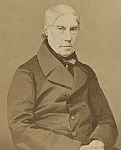





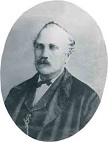

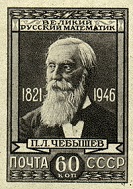
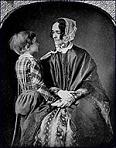



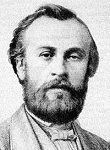
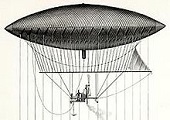









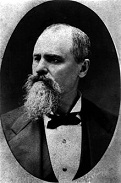


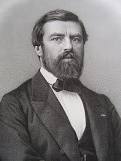

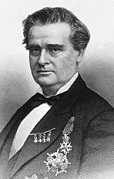









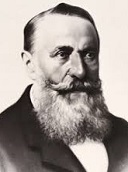
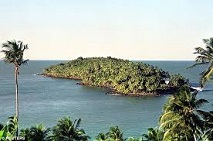
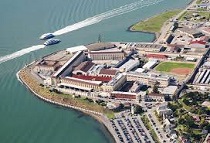
1852 The 3rd Cholera Pandemic of the 19th Cent. begins (ends 1860), causing 1M deaths in Russia, and 10,738 deaths in London in 1853-4. The first major wave of Chinese immigration to the U.S. is a breathtaking 20K. On Jan. 14 the 1852 French Constitution gives pres. Charles Louis Napoleon Bonaparte monarchical powers, and he bans the rival Orleans family from France and calls a plebiscite in support of a revival of the empire; on Jan. 28 the Roman Catholic Second French Empire (ends Sept. 1870) is declared by self-styled emperor Napoleon III (Charles Louis Napoleon Bonaparte) (1808-73) (nephew of Napoleon I), who utters the soundbyte: "L'empire, c'est la paix" (The art of empire is peace). On Jan. 17 the Sand River Convention is signed by Britain, recognizing the independence of the Transvaal (South African) Repub. (Zuid-Afrikaanische Republiek) (ZAR) (until May 31, 1902) under Marthinus Wessel (Wessels) Pretorius (1819-1901), son of Boer leader Andries Pretorius, who becomes pres. #1 (until Sept. 15, 1860); the British recognize the independence of the Transvaal Boers and drop the reward on Andries Pretorius, who makes peace with warring Boer factions, visits Durban to discuss opening trade, then sends a commando force against Bechuanaland king Sechele, which loots the house of missionary David Livingstone at Kolobeng - '52 was a very unboering year? On Feb. 3 an alliance of troops from Brazil and Uruguay, led by gen. Justo Jose de Urquiza y Garcia (1801-70), gov. of Entre Rios defeats the Argentine Confederation led by Gen. Juan Manuel Jose Domingo Ortiz de Rosas (1793-1877) at the Battle of Monte Caseros near Buenos Aires with a 24K-man army (largest in South Am. so far), causing him to flee. On Feb. 21, 1852 British PM (since June 30, 1846) John Russell resigns, and on Feb. 23 Conservative Edward Smith-Stanley, 14th Earl of Derby (1799-1869) becomes British PM (until Dec. 17); on Dec. 19 Peelite George Hamilton-Gordon, 4th Earl of Aberdeen (1784-1860) (AKA Lord Haddo) becomes British PM (until Jan. 30, 1855). On Feb. 26 iron-hulled steam frigate and troop ship HMS Birkhead wrecks near Gansbaii 87. mi. from Cape Town en route to Algoa Bay, losing all but 193 of 643 aboard, becoming the first use of the Birkenhead Drill, "women and children first"; the last use is RMS Titanic in 1912. On Mar. 2 the U.S. Supreme (Taney) Court rules 6-2 in Cooley v. Board of Wardens that a Penn. law requiring all ships entering or leaving Philly to hire a local pilot does not violate the Commerce Clause, with Justice Benjamin R. Curtis writing the soundbyte: "It is the opinion of a majority of the court that the mere grant to Congress of the power to regulate commerce, did not deprive the States of power to regulate pilots, and that although Congress had legislated on this subject, its legislation manifests an intention, with a single exception, not to regulate this subject, but to leave its regulation to the several states." On Mar. 13 Uncle Sam makes his cartoon character debut in the New York Lantern. On Mar. 18 Wells Fargo and Co. is founded in New York City by Henry Wells (1805-78) and William George Fargo (1818-81) to provide express and banking services to Calif.; in 1866 it buys the stagecoach and overland mail business of "Stagecoach King" Benjamin "Ben" Holladay (1819-87), giving it a monopoly; it goes on to become the 5th largest bank in the U.S. and 9th largest in the world by the 21st cent. On Mar. 20 Litchfield, Conn.-born teacher Harriet Elizabeth Beecher Stowe (1811-96) pub. her compelling, tear-jerking, rabble-rousing, widely-translated anti-slavery novel Uncle Tom's Cabin (pub. starting June 5, 1851 in 10 monthly installments in Nat. Era, then as a book on Mar. 20, 1852), selling 300K copies in its first year then going on to become the first million-selling novel, the #1-selling novel in the world in the 19th cent., and #2 after the Bible. On Apr. 9 Brigham Young gives a sermon at the LDS Church spring gen. conference in Salt Lake City, Utah, which begins: "When our father Adam came into the garden of Eden, he came into it with a celestial body, and brought Eve, one of his wives, with him. He helped to make and organize this world. He is MICHAEL, the Archangel, the ANCIENT OF DAYS! about whom holy men have written and spoken—He is our FATHER and our GOD, and the only God with whom WE have to do. Every man upon the earth, professing Christians or non-professing, must hear it, and will know it sooner or later"; he adds: "When the Virgin Mary conceived the child Jesus, the Father had begotten him in his own likeness. He was not begotten by the Holy Ghost. And who is the Father? He is the first of the human family", addind that Adam "was begotten by his Father in heaven" in the same way that Adam begat his own sons and daughters, and that there were "three distinct characters, namely, Eloheim, Yahovah, and Michael", concluding: "Jesus, our elder brother, was begotten in the flesh by the same character that was in the Garden of Eden, and who is our Father in Heaven", finishing with: "I could tell you much more about this; but were I to tell you the whole truth, blasphemy would be nothing to it, in the estimation of the superstitious and overrighteous mankind... Now, let all who may hear these doctrines, pause before they make light of them, or treat them with indifference, for they will prove their salvation or damnation." LSD is taken with a cube of sugar, LDS is taken with a pinch of salt? This is his first public explanation of his Looney Tunes Adam-God Doctrine (Theory), that Adam started out as a mortal man who died, was resurrected, and exalted into a god on another planet, then came as Michael the Archangel to this neck of the Universe to create Earth, bringing one of his many wives named Eve, who messed up by eating the forbidden fruit in the Garden of Eden, making them both mortal again, after which they bred and established the human race, later returning to their heavenly thrones, where Adam became God the Father (Jehovah), later returning to Israel to impregnate Mary and father Jesus; the doctrine is accepted by LDS presidents John Taylor and Wilford Woodruff et al., and is incl. in the LDS Church endowment ceremony, but is rejected by many incl. Orson Pratt, who wins the day, so that in 1976 LDS pres. Spencer W. Kimball announces that the church doesn't support Young's doctrine, because Adam is only the Ancient of Days, Father of Us All, and Michael the Archangel, but not God the Father - sufferin' succotash? On May 3 the Internat. Typographical Union (ITU) is founded in New York City. On May 9 the First Plenary Council of Baltimore, Md. of U.S. Roman Catholics incl. six archbishops and 36 suffragan bishops convenes; more councils in 1866 and 1884. In May the Swiss govt. secularizes education in the canton of Ticino and expels the Roman Catholic monks. On June 1-5 the 1852 Dem. Convention meets in Baltimore, Md., and the leading contenders Mich. Sen. Lewis Cass, former U.S. secy. of state James Buchanan of Penn., and Ill. Sen. Stephen A. Douglas get in a no-win situation; finally, on the 49th ballot, dark horse former N.H. gov. and U.S. sen. Franklin Pierce (a brig. gen. in the Mexican War) wins the nomination for pres., which adopts the slogan "We Polked you in '44, we shall Pierce you in '52"; on June 16 the 1852 Whig Convention meets in Baltimore, Md., snubbing Pres. Fillmore (who retires to practice law) for yet another war hero, Gen. Winfield Scott, on the 53rd ballot; this causes anti-slavery Whigs to desert the party and create the Free-Soil Whig Party, which nominates N.H. Sen. (1847-53, 1855-65) John Parker Hale (1806-73); there are now two N.H. candidates vying for the captain's chair against an old fart? On June 30 the 1852 New Zealand Constitution is given royal assent. In June after opening his first store in Lima Peru in 1847, moving to Calif. during the Gold Rush, and losing his first two stores to fire last year, Italian-born Domenico "Domingo" Ghirardelli (1817-94) founds Ghirardelli Chocolate Co. in San Francisco, Calif. to produce high quality chocolates; in 1963 it is acquired by Golden Grain Macaroni Co., maker of Rice-A-Roni, which in 1966 is acquired by Quaker Oats; in 1998 it is acquired by Lindt and Sprungli of Switzerland; in 1965 Ghirardelli Square is declared a San Francisco landmark. On July 5 escaped slave Frederick Douglass delivers the speech What to a Slave is the 4th of July? to the Ladies' Anti-Slavery Society in Rochester, N.Y., dissing the U.S. for celebrating freedom and independence while enslaving 4M blacks. On Aug. 15 followers of the Bab (who was executed in 1850-2) attempt the assassination of Persian shah Nasser al-Din Shah, causing riots in which several thousand are laughtered, and most of the others to be imprisoned in the Black Pit (Siyah-Chal) Prison in Tehran. On Aug. 28 at a special conference in Salt Lake City, polygamy (plural marriage) is officially proclaimed by the LDS (Mormon) Church, which acknowledges that Joseph Smith Jr. practiced it and issued a written revelation authorizing it; Quorum of Twelve Apostles member Orson Pratt (1811-81) (later last surviving member) publicly proclaims the Mormon practice of plural marriage (polygamy) (polygyny) in a sermon; Brigham Young gives a sermon elaborating on his God-Adam Theory, explaining how when a married Mormon couple become gods and goddesses they start out creating spiritual offspring, then "eat and drink of the fruits of the corporal world, until this grosser matter is diffused sufficiently through their celestal bodies, to enable them according to the established laws to produce mortal tabernacles for their spiritual children", giving birth to mortal children. On Nov. 2 the 1852 U.S. Pres. Election is held; the economy being good, and the Dems. and Whigs agreeing not to make the issue of issues (slavery) the issue, the election turns into a unbeauty contest, and Whig candidate Gen. Winfield Scott, who is old, fat, vain, and foolish-looking loses to more photogenic and Franklin "Handsome Frank" Pierce by 51% of the popular vote (254 electoral votes) to 44% (42 electoral votes); the Free-Soil Whigs get only half the votes that the Free-Soil Party did in 1848; lame duck Pres. Fillmore, having broken with Whig Party leaders Thurlow Weed and William H. Seward by associating himself with the pro-Southern branch of the party, finishes the disintegration of the Whig Party, leaving the Dem. Party virtually unopposed in the U.S.; too bad, on Jan. 16 2 mo. before the inauguration Pierce's 11-y.-o. son Benjamin "Bennie" Pierce (b. 1841) is killed after the family is traveling by train from Andover, Mass. to Concord, N.H. to visit a funeral, and their passenger car breaks loose and rolls down an embankment, throwing the parents into bereavement which turns mother Jane Means Appleton Pierce against her husband's presidency, spending almost two years as a recluse in the upstairs living quarters of the White House writing maudlin letters to her dead son, leaving social duties to Jefferson Davis' wife Varina, and her aunt Abby Kent-Means, making her first official appearance as First Lady on Jan. 1, 1855; the tragedy affects pres.-elect Pierce's ability to govern, causing him to rely on his cabinet; "It should be noted that prior to 1853 [Pierce] had succeeded reasonably well in meeting, at least adequately, the demands made upon him by public life. Had he entered the White House with the confidence which his great victory should have supplied, and been able to live a happy, normal family life, with his nervous system unshaken and, as hitherto, resilient, it may at least be wondered whether he might not have risen to the challenge of the Presidency... Reconsideration of his complex life experience reveals not mere weakness, but a difficult combination of inner conflict, tragedy and national confusion which prevented him from meeting the challenge of his great responsibility." (Roy Franklin Nichols) On Nov. 4 Count Camillo Benso di Cavour becomes PM of Piedmont. On Dec. 8 Ratu Seru Epenisa Cakobau (1815-83) becomes king of Fiji (until 1874). On Dec. 16 the Washington Star (originally the Daily Evening Star) newspaper is founded in New York City by Capt. Joseph Burrows Tate; it ceases pub. on Aug. 7, 1981 after 128 years. On Dec. 30 Cincinnati atty. Rutherford B. Hayes (1822-93) marries Lucy Ware Webb (1831-89) (who later becomes the first First Lady to have a college degree, from Wesleyan Female College in Cincinnati, Ohio); they have 7 sons and 1 daughter. In Dec. the first iron-hull screw-driven Cunard Line ship leaves Liverpool on its maiden voyage across the Atlantic, arriving in New York City in Jan. In Dec. Lord Palmerston causes the defeat of the British cabinet of PM John Russell, using the public's suspicions about the queen and her German hubby Prince Albert; protectionist Lord Stanley forms a new cabinet with himself as PM and Benjamin Disraeli (1804-81) as chancellor of the exchequer; Derby then holds an election to obtain a mandate, but fails to gain a majority, which is a V for the free trade proponents; Gladstone leads a crusade against Disraeli's budget that causes the cabinet to resign before the end of the year, and a new cabinet consisting of Whigs and Peelites is formed, with Peelite Lord Aberdeen as PM (until ?). The Yellow River diverts its course northwards into the Gulf of Chihli (Po Hai), taking over the Ji River and making it disappear. Liberal Jose Trinidad Cabanas (Cabañas) (1805-71) becomes pres. of Honduras (until 1856), getting into a fight with conservative pres. Rafael Carrera of Guatemala, who backs conservative Honduran gen. Juan Lopez in a coup attempt. The Second Anglo-Burmese War begins; British forces annex Pegu. Napoleon III demands the reinstatement of the rights granted by a 1740 treaty with Turkey to Roman Catholic control of the holy places in Jerusalem, which had fallen into Orthodox Catholic hands through the fact that their believers made more pilgrimages each year; the Russian tsar opposes his request; the Turks issue two decrees giving them both what they want, which satisfies neither. After a review by English engineers shows shoddy construction, the Swiss govt. takes control of railway building from the Bund and privatizes the railroads. A law in Paraguay frees children of slaves and curbs the slave trade. A constitutional reform in Spain virtually eliminates the powers of the Cortes. The 1852 Hawaiian Constitution heavily democratizes the structure of the Hawaiian govt., reducing the power of the monarch. Penal settlements are founded in French Guiana around the mouth of the Maroni River and the Iles de Salut, incl. lovely isolated Devil's Island, used to imprison political prisoners incl. Capt. Alfred Dreyfus (closes 1953). The city of Revere, Mass. 5 mi. N of Boston (modern-day pop. 51K) is incorporated from the 1626 settlement of Rumney Marsh, which was annexed on Sept. 25, 1634 to Boston until 1739, when it became part of Chelsea, known as North Chelsea; Pullen Poynt secedes from North Chelsea, becoming the town of Winthrop. Congress establishes land-grand railroads (1850-2), beginning with the Illinois Central Railroad, linking Chicago, Galena, and Cairo, giving it 2.5M acres of land; another grant goes to Miss. and Ala. to create the Mobile and Ohio Railroad; by 1884 land grants reach 155.5M acres (the size of Texas), incl. 17M for the Santa Fe Railroad, 24M for the Central and Southern Pacific Railroad, and 44M for the Northern Pacific Railway; Western states grant an additional 49M acres; railroads racing for the Pacific are granted federal loans of $64.6M, which are repaid with interest by 1899; land-grant railroads are required to transport U.S. troops and property at no cost, which is later increased to 50% of normal commercial rates, then abolished on Oct. 1, 1946; next Oct. 10 the Chicago, Rock Island & Pacific Railroad (Rock Island Line) begins operation (until 1975). The U.S. Agricultural Society is founded. After complaints from the shipping industry, the U.S. Lighthouse Board is established (until 1910) under quasi-military control, replacing the U.S. Treasury's Lighthouse Establishment (founded 1791). The Modoc Indians of NE Calif., known for ambushing Gold Rush wagon trains ambush and kill 65 palefaces passing through Bloody Point, causing the whites to hold a peace parley with them and then murder 41 of them, starting a gen. war (until 1864). A sawmill on the shores of Commencement Bay in Puget Sound between the Olympic Mountains on the W and the Cascade Range on the E is the start of Tacoma, Wash., "forest products capital of America" (modern pop. 200K) (incorporated 1875). The town of Tishomingo, Okla. (originally Good Springs) on the road between Fort Washita and Fort Arbuckle in Okla. Territory (modern-day SC Okla.) (modern-day pop. 3K) is founded, named after a Chickasaw chief who died of smallpox on the Trail of Tears near Little Rock, Ark. after being forcibly removed from their homeland in Tishomingo, Miss., becoming the capital of the Chickasaw Nation in 1856-1907; Tishomingo Cemetery later holds the remains of Okla. govs. William H. Murray and Johnston Murray. A British royal commission is issued to collect and edit an English trans. of the ancient laws of Ireland, which is pub. beginning in 1865. In this decade New York City imports (house) sparrows from Germany as a defense against caterpillars, but they end up becoming a terrific pest - excuse me while I slip into something fabulous? The First Congress of Cooperative Societies meets in London. British surveyor gen. Sir George Everest (1790-1866), head of the Great Trigonometrical Survey of India discovers a mountain in the Himalayas which he names Peak XV, and confirms as the world's tallest; the Tibetans call it Chomolungma ("mother of the world"), and the Nepalese call it Sagarmatha ("goddess of the sky"), but the pesky Euros rename it Mt. Everest in 1865. The Credit Foncier (Landed) de France is established in Paris to lend money on real estate, becoming the principal agricultural credit bank of France, issuing loans to landowners secured by mortages of up to 50% of the value of their property. The New York City fathers begin buying the land for Central Park (ends 1856). Nonsectarian coed Antioch College is founded in Yellow Springs, Ohio, with Franklin, Mass.-born Horace Mann (1796-1859) (father of the Common School Movement) as pres. #1. Laval U. for Roman Catholic men in Quebec, Canada is founded, named after Francois Xavier de Laval-Montmorency (1623-1708), first bishop of Quebec. Mills College (originally the Young Ladies' Seminary) is founded in Benicia, Calif., becoming the first women's college W of the Rocky Mts., moving to Oakland, Calif. in 1871. Tufts U. in Medford/Somerville (near Boston), Mass. is founded by Universalist Charles Tufts (1781-1876) as a non-sectarian univ.; it later becomes home to the Fletcher School of Law and Diplomacy, the oldest grad school of internat. relations in the U.S. The term Jugendweihe (youth consecration) first appears as an alternative to religious consecration for secular freethinker movements in Germany, usually held at age 14 when leaving school. Hungarian violinist Eduard Remenyi (1830-98) tours Germany with German piano virtuoso Johannes Brahms (1833-97) this year and next. Antoinette Brown Blackwell (1825-1921) is ordained as a minister in the Congregationalist church in South Butler, N.Y., becoming the first ordained female mainstream Protestant minister in the U.S. Nathaniel Hawthorne returns to Concord, Mass, writing a bio. of his friend Franklin Pierce, who becomes U.S. pres. in 1853 and rewards him by giving him a job as U.S. consul in Liverpool, England, causing him to stay in England until 1860. Freaked-out since the 1848 fiasco, and totally in denial over new French emperor Napoleon, Socialist novelist George Sand moves to Berry and retreats into escapist idyllic naturalism. The Studebaker Brothers, Clement Studebaker and Henry Studebaker begin making prairie schooners in South Bend, Ind., building three and selling two, then switch to govt. wagons during the U.S. Civil War. Architecture: In July San Quentin State Prison on Point Quentin (named after Coast Miwok warrior Quentin) in Marin County, Calif. on the N side of San Francisco Bay opens, with 700 male inmates housed on death row by Dec. 2015; celeb prisoners incl. Merle Haggard, Charles Manson, actor Danny Trejo, and Sirhan Sirhan; country singer Johnny Cash holds concerts there in 1958 and Feb. 24, 1969. In Aug. the U.S. Congress appropriates $100K for the construction of St. Elizabeths Hospital in Washington, D.C. to care for indigent mentally-ill D.C. residents along for insane patients from the U.S. Army and U.S. Navy; construction begins in 1853, and it opens to patients in Jan. 1855 as the Govt. Hospital for the Insane, which in 1916 becomes St. Elizabeths Hospital (no apostrophe); patients incl. Pres. Jackson would-be assassin Richard Lawrence, Pres. Garfield assassin Charles J. Guiteau, Pres. Reagan would-be assassin John Hinckley Jr, and Ezra Pound. The 700-seat Canterbury Music Hall is founded on the site of a former skittle alley next to the Canterbury Tavern at 143 Westminster Bridge Rd., Lambeth, London by Hackney, London-born impresario Charles Morton (1819-1904), becoming the first purpose-built music hall (term coined by Morton) in Britain, spawning hundreds of imitators and causing Morton to become known as "the Father of the Halls"; it is destroyed by Nazi bombing in 1942. Cantonment (Ft.) Burgwin 10 mi. from Taos, N.M. is founded to protect the Taos Valley from Utes and Jacarilla Apaches, named after Capt. John Henry K. Burgwin (-1847); abandoned in May 1860. The Niagara Falls suspension bridge is completed. A saltwater aquarium is built in London. Isambard Kingdom Brunel (1806-59) and Sir Matthew Digby Wyatt (1820-77) design Paddington Station in London (finished 1854). Mercy Hospital in Chicago, Ill. is founded as the first chartered hospital in Chicago; in 1859 it becomes the first Roman Catholic hospital to affiliate with a medical school, Lind Medical School, and the first to require a graded curriculum. Inventions: On Sept. 24 French engineer Baptiste Jules Henri Jacques Giffard (1825-82) launches the first successful engine-powered man-carrying dirigible; it is 144 ft. long and 39 ft. in diam., is inflated with 88 cu. ft. of coal gas, uses a steam engine and propeller, and flies 20 mi. from Paris to Trappe at up to 6.7 mph, becoming the first passenger-carrying airship. George P. Cammann of New York City invents the binaural stethoscope. Henry Deringer (1786-1868) of Philly begins producing the Philadelphia Deringer pocket pistol (until 1868), usually sold in matched pairs for $15-$25, becoming a favorite with assassins like John Wilkes Booth. David Weston of Hawaii invents a centrifugal method to separate sugar from molasses. Science: German physicist August Beer (1825-63) pub. another version of Lambert's Law (1760), stating that the intensity of light transmitted through a solution at a given wavelength decreases exponentially with the path length and the concentration of the solute, causing it to become known as the Lambert-Beer Law - let's have a beer? Russian mathematician ("Father of Russian Mathematics") Pafnuty Lvovich Chebyshev (1821-94) proves Chebyshev's Theorem, that the (n+1)th prime is less than 2 times the nth prime, leading to the Chevyshev Inequality, which is used to prove the Weak Law of Large Numbers; he goes on to develop Chevyshev polynomials and the Chebyshev bias; his students incl. Dmitry Grave, Alexander Korkin, Alexander Lyapunov, and Andrei Markov, spawning 10.6K by 2015. Leopold Delisle (1826-1920) of France pioneers modern paleography. James Prescott Joule and William Thomson discover the Joule-Thomson Effect, a change in temperature of a non-ideal gas or liquid when forced through a valve (throttle) or porous plug in an adiabatic environment. After experimenting since 1845 with black slave women, Lancaster County, S.C.-born physician-surgeon James Marion Sims (1813-83) announces the first surgical repair of a vesicovaginal fistula, pioneering modern gynecology; too bad, he only uses anesthesia on white women, causing the modern-day PC police to er, denigrate him as a racist. Irish physicist Sir George Gabriel Stokes (1819-1903) describes the phenomenon of fluorescence as exhibited by fluorspar and uranium glass, which converts invisible UV rays into lower frequency visible rays. Bitter yellow-brown Goa (Araroba) (Bahia) powder, obtained from cavities in the trunk of the Brazilian Andira araroba tree in Goa, India is first used in medicine as an irritant. Nonfiction: Charles Anthon (1797-1867), A Manual of Grecian Antiquities, with Numerous Illustrations. Bruno Bauer (1809-82), Critique of the Pauline Epistles - I'm pissed-off at Paul? Elizabeth Blackwell (1821-1910), Lectures on the Laws of Life, with Special Reference to the Physical Education of Girls. Johann Kaspar Bluntschli (1808-81), Allgemeines Staatsrecht. Auguste Comte (1798-1857), Catechisme Positiviste. Sir Edward Shepherd Creasy (1812-78), Historical and Critical Account of the Several Invasions of England. Martin Robinson Delany (1812-85), The Condition, Elevation, Emigration, and Destiny of the Colored People of the U.S., Politically Considered; writes the white racist U.S. off and calls for a return to Africa, leading an exploration party to Liberia in the Niger Delta in May 1859 in an attempt to found a U.S. black colony in Abeokuta, then gets a taste of the real Africa (tribal warfare) and returns ready to give the not-so-bad U.S. another chance? John Bovee Dods (1795-1872), The Philosophy of Electrical Psychology; claims that disease originates in the electrical impulses of the nervous system, and is curable by a change of belief John Bovee Dods (1795-1872), Immortality Triumphant. Kuno Fischer, History of Modern Philosophy (10 vols.) (1852-93). Baron Henry Richard Vassall Fox (1773-1840), Memoirs of the Whig Party; Further Memoirs (posth.). Theophile Gautier (1811-72), Italia; cool travel book. C.F. Gerhardt, New Theory of Organic Compounds. Arthur Gorgei (1818-1916), My Life and Actions in Hungary in 1848-1849 (2 vols.). Nathaniel Hawthorne (1804-64), The Life of Franklin Pierce. Henry William Herbert (1807-58), The Cavaliers of England; The Knights of England, France and Scotland; Complete Manual for Young Sportsmen (pub. under alias Frank Forester). Alexander Herzen (1812-70), Letters from France and Italy. Rudolf Hermann Lotze (1817-81), Medizinische Psychologie oder Physiologie der Seele (Medical Psychology, or Physiology of the Soul); an attempt to straddle the two warring camps of mechanistic and non-secular explanations of psychological phenomena. Karl Marx (1818-83), The Eighteenth Brumaire of Louis Napleon; treats the French Coup of 1851 from the standpoint of his materialist conception of history (that changes in material conditions are the primary driver of the org. of society and the economy), seeking to "demonstrate how the class struggle in France created circumstances and relationships that made it possible for a grotesque mediocrity to play a hero's part"; contains the line: "Men make their own history, but they do not make it as they please; they do not make it under self-selected circumstances, but under circumstances existing already, given and transmitted from the past"; alt. translation: "The people make their own history, but they make it not however they want, not under self-selected circumstances, but out of the actual given and transmitted situation. The traditions of all the dead generations burden, like a mountain, the minds of the living"; contains the line: "Hegel remarks somewhere that all great world-historic facts and personages appear, so to speak, twice. He forgot to add: the first time as tragedy, the second time as farce. Caussidière for Danton, Louis Blanc for Robespierre, the Montagne of 1848 to 1851 for the Montagne of 1793 to 1795, the nephew for the uncle. And the same caricature occurs in the circumstances of the second edition of the Eighteenth Brumaire", which is distilled into the immortal soundbyte: "History repeats itself, first as a tragedy, then as a farce." Charles de Montalembert (1810-70), Catholic Interests in the Nineteenth Century. Susanna Moodie (1803-84), Roughing it in the Bush. Benedict Morel (1809-73), Traite des Maladies Mentales (2 vols.) (1852-3); 2nd ed. 1860; in the 2nd ed. he coins the term "dementia praecox" (demence precoce) for patients suffering from "stupor" (melancholia). John Muir (1810-82), Original Sanskrit Texts on the Origin and History of the People of India, Their Religion and Institutions (1852-70). Laurence Oliphant (1829-88), A Journey to Kathmandu. Leopold von Ranke (1795-1886), History of France (5 vols.) (1852-61). Peter Mark Roget (1779-1869), Roget's Thesaurus of English Words and Phrases; a work in progress since 1805. William Sandys (1794-1874), Christmas-tide, Its History, Festivities and Carols, with Their Music. John Gilmary Shea (1824-92), Discovery and Exploration of the Mississippi Valley with the original narratives of Marquette, Allouez, Membré, Hennepin and Anastase Douay, (first book). Herbert Spencer (1820-1903), The Developmental Hypothesis; first use of the the all-powerful catchword "evolution", coining the winning phrase "survival of the fittest". James Joseph Sylvester (1814-97), Calculus of Forms. Josiah Warren (1799-1874), Equitable Commerce. Music: Adolphe Charles Adam (1803-56), Si j'Etais Roi (If I Were King) (opera); his masterpiece? Stephen Foster (1826-64), Massa's in de Cold, Cold Ground. Jacques Fromental Halevy (1799-1862), Le Juif Errant (Paris Opera) (Apr. 23); based on the novel by Eugene Sue about Wandering Jew Ahasverus in 1190 Amsterdam; his masterpiece. Fredrik Pacius (1809-91), Kung Karls Jakt (The Hunt of King Charles); first Finnish opera; libretto by Zacharias Topelius. Robert Schumann (1810-56), Manfred (Weimar) (music to Byron's "Manfred"). Art: F.M. Bown, Christ Washing Peter's Feet. Anselm Feuerbach (1829-80), Hafiz at the Fountain. William Holman Hunt (1827-1910), The Light of the World. Heinrich Marschner (1795-1861), Austin (last opera). Jean Louis Ernest Meissonier (1815-91), Les Bravi. Adolph von Menzel (1815-1905), Flute Concert in Sanssouci; Frederick the Great gives great flute? John Everett Millais (1829-96), Ophelia. Gustave Moreau (1826-98), Pieta; his first painting. Plays: Dion Boucicault (1820-90), The Vampire (Princess Theatre, London) (June 14); author makes his first stage appearance. Alexandre Dumas fils (1824-95), La Dame aux Camelias (The Lady of the Camelias) (Feb. 2) (Theatre de Vaudeville, Paris); based on his 1848 novel; a big hit, causing Giuseppe Verdi to rush to put it to music as "La Traviata" next year. Octave Feuillet (1821-90), La Crise (comedy); his first success. Theophile Gautier (1811-72), Emaux (Émaux) et Camees. Friedrich Hebbel (1813-63), Agnes Bernauer. Henrik Ibsen (1828-1906), St. John's Eve (Night). Otto Ludwig (1813-65), Die Makkabaer (The Maccabees). Lola Montez (1821-61), Lola Montez in Bavaria; she of course stars in it, and tours the U.S. with it, followed by Australia in 1855-6, then returns to the U.S., marries and divorces several times, and becomes known for charitable activities. Charles Reade (1814-84) and Tom Taylor (1817-80), Masks and Faces (Haymarket Theatre, London) (Nov. 20); big hit, which Reade turns into the novel "Peg Woffington" (1853), about Irish actress Peg Woffington (1714-60). Poetry: Victor Hugo (1802-85), Napoleon le Petit. Charles Marie Leconte de Lisle (1818-94), Poemes Antiques. Joseph Roumanille (1818-91) (ed.), Li Prouvencalo; an anthology of Provencal writers. Novels: Michael Banim (1796-1874), Clough Fionn. Clemens Brentano (1778-1842), Romanzen vom Rosenkranz (posth.). Wilkie Collins (1824-89), Basil: A Story of Modern Life. Dinah Craik (1826-87), Agatha's Husband. Charles Dickens (1812-70), Bleak House (1852-3); the Court of Chancery case of Jarndyce v. Jarndyce; Mr. John Jarndyce of Bleak House and his three wards, incl. the secret illegitimate daughter of Lady Honoria Dedlock, who is blackmailed by her husband Sir Leicester Dedlock's lawyer Josiah Tulkinghorne, leading to both of their deaths; Esther Summerson, Ada Clare, Richard Carstone, Capt. James Hawdon; Mrs. Jellyby, who neglects her family to aid the Borrioboola-Gha on the left bank of the Niger River; the first English novel to feature a detective, Inspector Bucket. Alexandre Dumas pere (1802-70), Olympe de Cleves. Octave Feuillet (1821-90), Bellah; his first hit. Jeremias Gotthelf (1797-1854), Erzahlungen und Bilder aus dem Volksleben der Schweiz (5 vols.) (1852-5). Nathaniel Hawthorne (1804-64), The Snow-Image and Other Twice-Told Tales; The Blithedale Romance; based on his stay at Brook Farm, Mass. Alphonse de Lamartine (1790-1869), Graziella. Charles James Lever (1806-72), Maurice Tiernay. Herman Melville (1819-91), Pierre, or The Ambiguities; his only novel to take place on land in the U.S. Margaret Oliphant (1828-97), Adame Graeme. Theodor Storm (1817-88), Immensee; idyllic tales of N Germany. Harriet Elizabeth Beecher Stowe (1811-96), Uncle Tom's Cabin: Life Among the Lowly (Mar. 20); bestseller of the 19th cent.; first million-selling book since the Bible; illustrated by Mass.-born Hammatt Billings (1818-74); long-suffering Uncle Tom is sold by Ky. farmers Arthur and Emily Shelby downriver to Augustine St. Clare, whose angelic daughter Little Eva St. Clare dies, then he is killed, after which his wife sells Tom to dastardly Yankee Simon Legree in La.; meanwhile desperate Eliza Harris and her child Harry escape the Shelbys and cross the icy Ohio River to freedom, and Topsy the pickaninny is educated by St. Clare's Northern cousin Ophelia; after helping fellow slaves Cassy and Emmeline escape, Uncle Tom is whipped to death for his Christian faith, but they make it to Canada and unite with Cassy's long-lost daughter Eliza and move to safe Liberia; gets the women into the abolition controversy bigtime, although not for awhile (moo?); based on real-life escaped (1830) slave Rev. Josiah Henson (1789-1883) of Dresden, Ont., Canada, who worked on the 3.7K-acre Isaac Riley tobacco plantation in North Bethesda, Md. William Makepeace Thackeray (1811-63), The History of Henry Esmond (3 vols.); one of the top Victorian historical novels; Col. Henry Esmond, raised in a Jacobite family fights for the Old Pretenders, is banished from his home, serves in Marlborough's campaigns in the reign of Queen Anne, and comes to accept the Protestant future of England, marrying his foster father's widow Lady Castlewood and reclaiming his inheritance before moving to Va.; dream babe Beatrix Esmond jilts Henry, flirts with the Old Pretender, and marries her mother's chaplain, who becomes a bishop, then reappears in Thackeray's "The Virginians" (1857) as the old wife of Baron Bernstein; features appearance by Addison and Steele; the backdating of 1850s furniture to Queen Anne's day causes it to be called Queen Anne style; features the big Hamilton-Mohun duel of 1712. Leo Tolstoy (1828-1910), Childhood (first novel) (Nov.); pub. under alias L.N.; autobio. novel about young Nikolenka; makes him a lit. celeb; one of the first expressionistic books in Russian; followed by "Boyhood" (1854), "Youth" (1856); "Will the freshness, lightheartedness, the need for love, and strength of faith which you have in childhood ever return? What better time than when the two best virtues - innocent joy and the boundless desire for love - were the only motives in life?" Ivan Turgenev (1818-83), A Sportsman's Sketches (The Hunting Sketches) (Sketches from a Hunter's Album); his first hit; helps launch Russian realism; too bad, he is put under house arrest, but helps the movement to abolish Russian serfdom. Mark Twain (1835-1910), The Dandy Frightening the Squatter; pub. in The Carpet-Bag; his first pub. story. Susan Bogert Warner (1819-85), Queechy. Births: Am. Southern Baptist leader James Milton Carroll (d. 1931) on Jan. 8 near Monticello, Ark.; grows up in Burleson County, Tex. French WWI CIC (1914-6) Marshal Joseph Jacques Cesaire (Césaire) Joffre (d. 1931) on Jan. 12 in Rivesaltes, Roussillon; educated at the Ecole Polytechnique. French explorer (Freemason) Pietro Paolo Savorgnan di Brazza (Brazzà) (Pierre Paul François Camille Savorgnan de Brazza) (d. 1905) on Jan. 26 in Rome, Italy; becomes French citizen in 1874. Japanese PM #9 (1916-18) Marshal Terauchi Masatake (d. 1919) on Feb. 5 in Choshu (modern-day Yamaguchi Prefecture); his bald head bears a striking resemblance to a Billiken doll? Am. Jehovah's Witnesses founder (Freemason?) Charles Taze Russell (d. 1916) on Feb. 16 in Allegheny, Penn.; Scottish-Irish descent parents; grows up in Philadelphia, Penn. and Pittsburgh, Penn.; husband (1879-1908) of Maria (pr. like Moriah) Frances Ackley (1850-1938). Am. educator-writer-critic James Brander Matthews (d. 1929) on Feb. 21 in New Orleans, La.; educated at Columbia U.; first full-time prof. of dramatic lit. at a U.S. univ. Irish novelist-poet-playwright George Augustus Moore (d. 1933) on Feb. 24 in Moore Hall, County Mayo; educated at Escott; not to be confused with George Foot Moore (1851-1931). Am. physician and breakfast food king (vegetarian) John Harvey Kellogg (d. 1943) on Feb. 26 in Tyron, Mich.; brother of Kelloggg's Co. founder Will Keith Kellogg (1860-1951). French foreign minister Theophile Delcasse (Théophile Delcassé) (d. 1923) on Mar. 1 in Pamiers, Ariege. English banker-philanthropist (Jewish) Sir Ernest Joseph Cassel (d. 1921) on Mar. 3 in Cologne, Prussia; emigrates to Britain in 1869. Russian-French anthropologist Joseph Deniker (d. 1918) on Mar. 6 in Astrakhan, Russia; educated at the U. of St. Petersburg, and the Sorbonne. German pathologist-histologist Richard Altmann (d. 1900) on Mar. 12 in Deutsch Eylau, Prussia; educated at the U. of Giessen. Irish "The Gaol Gate" Irish Lit. Revival playwright Lady Isabella Augusta Persse, Lady Gregory (d. 1932) on Mar. 15 in Roxborough, County Galway; co-founder of the Irish Lit. Theatre, and the Abbey Theatre. Czech violinist Otakar Sevcik (d. 1934) on Mar. 22 in Horazdovice. Am. "The Tachypomp" sci-fi writer ("the first giant of U.S. science fiction") Edward Page Mitchell (d. 1927) on Mar. 24 in Bath, Maine; beats H.G. Wells to several key sci-fi ideas; in 1872 a cinder from a train smokestack wounds his left eye, causing his right eye to undergo sympathetic blindness, which remains after the left eye heals; likes to pub. his sci-fi stories in the New York Sun as factual articles. English archeologist-explorer James Theodore Bent (d. 1897) on Mar. 30 near Leeds, Yorkshire; educated at Repton School, and Wadham College, Oxford U. Am. atty. (co-founder of the Chicago Crime Commission) Frank Joseph Loesch (d. 1944) on Apr. 9 in Buffalo, N.Y.; educated at Northwestern U. German mathematician Carl Louis Ferdinand von Lindemann (d. 1939) on Apr. 12 in Hanover. Am. five-and-dime king (Methodist) Frank Winfield "F.W." Woolworth (d. 1919) on Apr. 13 in Rodman, N.Y.; brother of Charles Sumner Woolworth (1856-1947); grandfather of Barbara Hutton (1912-79). Am. Berlitz Language Schools founder (Jewish) Maximilian (Maximilien) Delphinus Berlitz (David Berlitzheimer) (d. 1921) on Apr. 14 in Muhringen (near Wurttemberg), Germany; emigrates to the U.S. in 1872; grandfather of Charles Berlitz (1914-2003). French physician-pathologist Edouard (Édouard) Brissaud (d. 1909) on Apr. 15 in Besancon. Am. wood engraver Walter Sylvanus Timothy Cole (d. 1931) on Apr. 16 in London, England; emigrates to the U.S. in 1857. Am. baseball hall-of-fame player-mgr. (1B) (Chicago White Stockings) Adrian Constantine "Cap" Anson (d. 1922) on Apr. 17 in Marshalltown, Iowa. English painter Sir George Clausen (d. 1944) on Apr. 18 in London; of Danish descent; knighted in 1927. Am. poet ("Dean of American Poetry") Charles Edward Anson "Edwin" Markham (d. 1940) on Apr. 23 in Oregon City, Ore. Am. frontierswoman Calamity Jane (Martha Jane Cannary-Burke) (d. 1903) on May 1 in Princeton, Mo.; moves to Virginia City, Mont. at age 12 - and becomes a ho at 13? Spanish histologist-neuroscientist ("Father of Modern Neuroscience") Santiago Ramon y Cajal (d. 1934) on May 1 in Petilla, Aragon; educated at the U. of Saragossa. English "Alice in Wonderland" Alice Pleasance Liddell (d. 1934) (rhymes with fiddle) on May 4 in Westminster, London; daughter of Henry George Liddell (1811-98); wife (1880-) of Reginald Hargreaves. Italian cardinal (1907-) and canonist Pietro Gasparri (d. 1934) on May 5 in Capovallazza di Ussita, Macerata. U.S. Repub. vice-pres. #26 (1905-9) Charles Warren Fairbanks (d. 1918) on May 11 near Unionville Center, Ohio; born in a log cabin; educated at Ohio Wesleyan U.; starts out as a railroad lawyer in Ind. Am. Dem. politician-jurist Alton Brooks Parker (d. 1926) on May 14 in Cortland, N.Y.; educated at Albany Law School. French Gen. Jean-Francois Andre (André) Sordet (d. 1923) on May 17 in Saint-Germain-du-Plain, Saone-et-Loire. German organic chemist Friedrich Oskar Giesel (d. 1927) on May 20 in Winzig. Austrian gen. Moritz Freiherr von Auffenberg, Graf von Komarow (Moritz Ritter von Auffenberg) (d. 1928) on May 22 in Opava, Silesia. Am. carousel and roller coaster designer Charles I.D. Looff (d. 1918) on May 24 in Bramstedt, Schleswig Holstein, Denmark; emigrates to the U.S. in 1870. Argentine explorer Francisco Pascasio "Perito" Moreno (d. 1919) on May 31 in Buenos Aires. German bacteriologist (Petri Dish inventor) Julius Richad Petri (d. 1921) on May 31 in Bremen. British diplomat Col. Sir Claude Maxwell MacDonald (d. 1915) on June 12 in Morar, Gwalior, India; educated at Uppingham School, and Sandhurst. Austrian Social Dem. leader (Jewish) Victor Adler (d. 1918) on June 24 in Prague; educated at the U. of Vienna. Spanish "Sagrada Familia" gaudy Modernist Art Nouveau architect Antoni Placid Guillem Gaudi (Gaudí) i Cornet (d. 1926) on June 25 in Reus (Riudoms?), S Catalonia. German archeologist Georg Loeschcke (d. 1915) on June 28 in Penig, Saxony. Am. historian John Bach McMaster (d. 1932) on June 29 in Brooklyn, N.Y.; educated at CCNY. Am. historian Ernest (Earnest) Young (d. 1888) on June 30 in Boston, Mass.; educated at Boston Latin School, and Harvard U. Argentine pres. (1916-22, 1928-30) ("The Mole") Juan Hipolito del Sagrado Corazon de Jesus Irigoyen (Yrigoyen) Alem (d. 1933) on July 12 in Buenos Aires. Australian chemist Henry George Smith (d. 1924) on July 26 in Littlebourne, Kent, England. Am. banker-philanthropist George Foster Peabody (d. 1938) on July 27 in Columbus, Ga.; not to be confused with George Peabody (1795-1869). Am. landscape painter Benjamin Foster (d. 1926) on July 31 in North Anson, Mass.; pupil of Abbott Thayer, Luc Olivier Merson, and Aime Morot; known for his mist effects. French WWI Gen. Charles Lanrezac (d. 1925) on July 31 inPointe-a-Pitre, Guadeloupe; in command of the extreme left of the French line (Fifth Army) at the start of WWI, on the right of the British Expeditionary Force. Australian gov.-gen. #2 (1903-4) Hallam Tennyson, 2nd Baron Tennyson (d. 1928) on Aug. 11 in Chapel House, Twickenham, Surrey, England; eldest son of Alfred, Lord Tennyson (1809-92) and Emily Sarah Tennyson (1813-96); educated at Marlborough College, and Trinity College, Cambridge U. Am. Knights of Columbus founder (Roman Catholic) Father Michael Joseph McGivney (d. 1890) on Aug. 12 in Waterbury, Conn.; Irish immigrant parents. Dutch physical chemist Jacobus Henricus van't Hoff (d. 1911) on Aug. 30 in Rotterdam; educated at the U. of Leiden, and U. of Utrecht. French novelist-poet-critic Paul Charles Joseph Bourget (d. 1935) on Sept. 2 in Amiens; becomes big man at the College de Sainte-Barbe in Paris before launching his lit. career in 1874. English Poynting Vector physicist John Henry Poynting (d. 1914) on Sept. 9 in Monton (near Manchester), Lancashire ; educated at Owens College (U. of Manchester), and Cambridge U.; teacher of Alfred James Lotka (1880-1949); coiner of the term "greenhouse effect". British Liberal PM (1908-16) Herbert Henry Asquith, 1st Earl of Oxford and Asquith (d. 1928) on Sept. 12 in Morley, West Yorkshire; educated at Balliol College, Oxford U.; father of Violet Bonham Carter (1887-1969); created earl of Oxford and Asquith in 1925; nicknamed Squiffy for his affinity for becoming inebriated in the eight subsidized pubs of Parliament, esp. Strangers' Bar (with a majestic view of the Thames). English comedian Arthur Roberts (d. 1933) on Sept. 21 in Kentish Town, London; coiner of the word "spoof". Am. surgeon William Stewart Halsted (d. 1922) on Sept. 23 in New York City; educated at Yale U., and Columbia U. German "Philosophy of As If" philosopher Hans Vaihinger (d. 1933) on Sept. 25 in Nehren (near Tubingen), Wurrtemberg. British field marshal (1st CIC of the BEF) John Denton Pinkstone French, 1st Earl of Ypres (d. 1925) on Sept. 28 in Ripple, Kent. Am. Texas Ranger Capt. William Jesse "Bill" McDonald (d. 1918) on Sept. 18 near Meridian, Kemper County, Miss.; grows up near Henderson, E Tex. French chemist Ferdinand Frederick Henri Moissan (d. 1907) on Sept. 28 in Paris. Irish composer-conductor Sir Charles Villiers Stanford (d. 1924) on Sept. 30 in Dublin; educated at Queen's College and Trinity College, Cambridge U.; knighted in 1902. Irish nationalist leader, journalist, and MP (1883-1918) William O'Brien (d. 1928) on Oct. 2 in Mallow, North Cork. Scottish chemist Sir William Ramsay (d. 1916) on Oct. 2 in Glasgow; educated at the U. of Glasgow, and U. of Tubingen; nephew of Sir Andrew Ramsay (1814-91); knighted in 1902; known for isolating new elemental gases from the atmosphere. German Fischer Projection organic chemist Hermann Emil Louis Fischer (d. 1919) on Oct. 9 in Euskirchen, Cologne; father of organic chemist Hans Fischer (1881-1945); educated at the U. of Bonn, and U. of Strasbourg. Russian painter Klavdy Vasiliyevich Lebedev (d. 1916) on Oct. 16 (Oct. 28 Old Style). French Impressionist painter-caricaturist Jean-Louis Forain (d. 1931) on Oct. 23 in Reims; grows up in Paris; husband (1891-) of Jeanne Bosc (1865-1954); pupil of Jean-Leon Gerome. Am. "Pembroke" novelist-writer Mary Eleanor Wilkins Freeman (d. 1930) on Oct. 31 in Randolph, Mass.; educated at Mount Holyoke College. Japanese emperor #122 (1867-1912) Meiji (Mutsuhito) the Great (d. 1912) (AKA Prince Sachi) on Nov. 3; son of Komei (1831-67) and Nakayama Yoshiko (1834-1907); born 8 mo. before the arrival of U.S. Commodore Matthew Perry and his Black Ships. Am. "Joyful, Joyful We Adore Thee" clergyman writer Henry van Dyke (d. 1933) on Nov. 10 in Germantown, Penn.; educated at Princeton U. Austrian WWI field marshal Count Franz Xaver Joseph Conrad von Hoetzendorf (Hötzendorf) (d. 1925) on Nov. 11 in Penzing, Vienna; created count in 1918. Egyptian khedive (1879-92) Sir Mohamed Tewfik (Tewfiq) (Taufik) (Tawfiq) (Arab. "ability to succeed") Pasha (d. 1892) on Nov. 15; son of Isma'il Pasha (1830-95). French diplomat-politician Paul-Henri-Benjamin Baluet d'Estournelles, Baron de Constant de Rebecque (Rébecque) (d. 1924) on Nov. 22 in La Fleche. English Homeric scholar-banker Walter Leaf (d. 1927)on Nov. 26 in Norwood, London; educated at Harrow School, and Trinity College, Cambridge U. German Gen. Felix Graf von Bothmer (d. 1937) on Dec. 10 in Munich. French "Rolla"painter Henri Gervex (d. 1929) on Dec. 10 in Paris. Am. Socialist labor leader Daniel De Leon (d. 1914) on Dec. 14 in Curacao, Dutch West Indies; emigrates to the U.S. in 1874; co-founder of the IWW (1905) and the WIIU (1908); founder of Marxism-Deleonism. French physicist (discoverer of radioactivity) Henri Antoine Becquerel (d. 1908) on Dec. 15 in Paris; son of physicist Alexandre Edmond Becquerel (1820-91); grandson of physicist Antoine Cesar Becquerel (1788-1878). Polish-Am. physicist (Jewish) Albert Abraham Michelson (d. 1931) on Dec. 19 in Strzelno, Prussia; son of a merchant; emigrates to the U.S. in 1855; grows up in mining towns in Calif. and Nevada; educated at the U.S. Naval Academy; collaborator of Edward Morley (1838-1923). Croatian aviation pioneer (Jewish) David Schwarz (d. 1897) on Dec. 20 in Zalaegerszeg, Hungary. Am. Wild Bill Hicock murderer John "Crooked/Broken Nose Jack" "Buffalo Curly" McCall (d. 1877) (b. 1853?) in Jefferson County, Ky. Am. gun-slinging dentist John Henry "Doc" Holliday Syrian scholar Tahir ibn Salih ibn Ahmad Al-Jazairi (Arab. "the Algerian") (d. 1920) in Damascus. (d. 1887) in Ga. Am. archeologist and Episcopal clergyman Rev. John Punnett Peters (d. 1921); educated at Hopkins School, Yale U., the U. of Berlin, and U. of Leipzig; father of John Punnett Peters (1887-1955). Am. Ralstonism founder (white supremacist) (vegetarian) Albert Webster Edgerly (d. 1926) (AKA Edmund Shaftesbury) in Mass.; educated at Boston U. Am. painter Albert Jaspar Operti (d. 1927) in Italy; specializes in scenes of the Arctic after accompanying Robert Peary to Greenland in 1896. British rabbi-scholar-philanthropist (Jewish) Sir Hermann Gollancz (d. 1930) in Bremen, Germany; brother of Sir Israel Gollancz (1864-1930); first British rabbi to be knighted (1923). Am. watchmaker Joseph Bulova (d. 1935) in Bohemia. Deaths: Finnish chemist Johan Gadolin (b. 1760) on Aug. 15. French writer Xavier de Maistre (b. 1763) on June 12 in St. Petersburg, Russia. French publisher Henri Didot (b. 1765). French Roman Catholic Potowatomi missionary Rose Philippine Duchesne (b. 1769) on Nov. 18 in St. Charles, Mo. English been-everywhere-done-everything Duke of Wellington (b. 1769) on Sept. 14 in Walmer, Kent; writes a Letter Repudiating Freemason Connections late in life. Am. New York Bible Society founder David Low Dodge (b. 1774) on Apr. 23 in New York City. French marshal Auguste Marmont (b. 1774) on Mar. 22 in Venice. English-born U.S. First Lady (1825-9) Louisa Catherine Adams (b. 1775) on May 15 in Washington, D.C.; wife of J.Q. Adams. English bridge designer Capt. Samuel Brown (b. 1776) on Mar. 13 in London. British royal mistress Mary Anne Clarke (b. 1776) on June 21 in Boulogne-sur-Mer, France. Russian adm.-explorer Fabian Gottlieb von Bellinghausen (b. 1778) on Jan. 25 (Jan. 13 Old Style) in Kronstadt. Prussian patriotic gymnastics teacher Friedrich Ludwig Jahn (b. 1778) on Oct. 15. Am. Martha Washington's granddaughter Nelly Custis (b. 1779) on July 15 in Clarke County, Va. Irish lyric poet Thomas Moore (b. 1779) on Feb. 25. German kindergarten man Friedrich Froebel (b. 1782) in Marienthal; after his death his school is moved back to Keilhau. U.S. Supreme Court justice #26 (1838-52) John McKinley (b. 1780) on July 19 in Louisville, Ky. Russian gen. Pyotr Kotlyarevsky (b. 1782) on Nov. 2. Am. statesman Daniel Webster (b. 1782) on Oct. 24 in Marshfield, Mass.; last words: "I still live": "There is always room at the top" (referring to the legal profession); "Whatever makes men good Christians, makes them good citizens"; "The Bible is a book of faith, and a book of doctrine, and a book of morals, and a book of religion, of special revelation from God." U.S. First Lady (1849-5) Margaret Taylor (b. 1788) on Aug. 14; wife of Zachary Taylor. English paleontologist Gideon Algernon Mantell (b. 1790) on Nov. 10 in London; spends the last 10 years in pain from a carriage accident in 1841, causing him to OD on opium. French sculptor James Pradier (b. 1790) on June 4 in Bougival. Slovak scholar-poet Jan Kollar (b. 1793) on Jan. 24 in Vienna. English poet John Hamilton Reynolds (b. 1794) on Nov. 15 in Newport, Isle of Wight. English economist William Forster Lloyd (b. 1795) on June 2. Scottish-born Am. women's activist Fanny Wright (b. 1795) on Dec. 13 in Cincinnati, Ohio. English-born Am. actor (father of John Wilkes Booth) Junius Brutus Booth (b. 1796) on Nov. 30 on the Mississippi River; dies on a steamboat en route from New Orleans to Cincinnati from drinking bad river water. French sculptor Etienne-Jules Ramey (b. 1796) on Oct. 29 in Paris. Czech poet Frantisek Ladislav Celakovsky (b. 1799) on Aug. 5 in Prague. English inventor Walter Hancock (b. 1799) on May 14. Austrian statesman Felix, prince of Schwarzenberg (b. 1800) on Apr. 5 in Vienna: "They do not want to hear about the grace of God? They will hear the grace of the cannon." French philologist Eugene Burnouf (b. 1801) on May 28. English writer Sara Coleridge (b. 1802) on May 3 in London. Am. sculptor Horatio Greenough (b. 1805) on Dec. 18 in Somerville, Mass. Am. explorer-diplomat John Lloyd Stephens (b. 1805) on Oct. 13 in New York City (cirrhosis). Russian "Dead Souls" novelist-dramatist Nikolai Gogol (b. 1809). English architect-archeologist Augustus Welby Pugin (b. 1812) on Sept. 14 in Ramsgate. Finnish philologist Matthias Alexander Castren (b. 1813) on May 7. English computer programmer #1 Ada Lovelace (b. 1815) on Nov. 27 in Marylebone, London (uterine cancer). Romanian-Wallachian rev. leader Nicolae Balcescu (b. 1819) on Nov. 29 in Palermo, Two Sicilies. German mathematician Ferdinand Eisenstein (b. 1823) on Oct. 11.






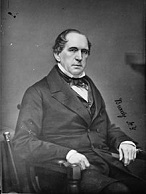


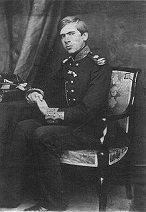

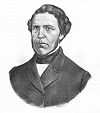









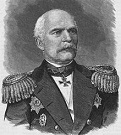

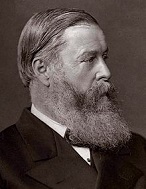
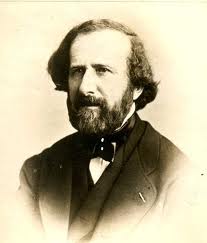













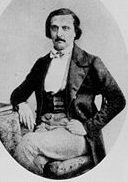
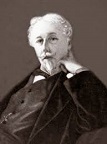




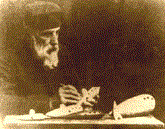

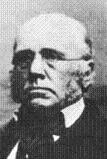

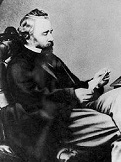

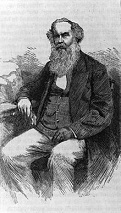

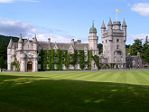




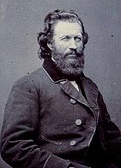
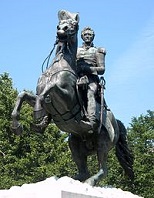

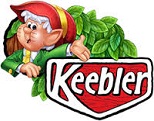
1853 This is the peak year of the Calif. Gold Rush. On Jan. 6 a conservative revolt in Mexico ousts pres. (since 1853) Mariano Arista, who flees to exile in Portugal; supreme court pres. Juan Bautista Ceballos (1811-59) becomes provisional pres., and asks for and receives special powers denied to Arista, then shuts down the congress on Jan. 19 and calls for a constitutional convention, but they fight back, and the Mexico City garrison removes Ceballos and on Feb. 8 installs Gen. Manuel Maria Lombardini (1802-53), hero of the 1847 Battle of La Angostura, while Ceballos returns to the supreme court; on Apr. 20 Santa Anna returns from exile in Jamaica and resumes the presidency, making him the cmdr. of the Mexico City garrison, and he dies happy on Dec. 2. Who ya gonna talk about next? Got any slutty friends? On Jan. 30 emperor (since Dec. 2) Napoleon III marries Granada, Spain-born Eugenie (Eugénie) de Montijo (1826-1920). A dark horse pierces through to the canon, er, Buchanan, who sees the first shots of the U.S. Civil War fired? On Mar. 4 (Fri.) 49-y.-o. Hillsborough, N.H.-born U.S.-Mexico War brig. gen., atty., former U.S. Rep. and U.S. Sen., and "dark horse" candidate (Doughface Dem.) (Bowdoin grad.) (good orator) (handsomest pres.?) (heavy drinker) Franklin Pierce (1804-69), AKA "Handsome Frank", "the Fainting General" (from a Mexican War incident where an artillery blast blew his saddle horn into his stomach), "Young Hickory of the Granite Hills" (the Andy Jackson of N.H.) becomes the 14th U.S. pres. (until Mar. 4, 1857) in the 19th U.S. Pres. Inauguration in the East Portico of the U.S. Capitol in Washington, D.C. (youngest pres. so far) (first pres. to memorize his inaugural address, not to kiss the Bible, and to affirm rather than swear); last of four Whig presidents since 1841, and the first of two Doughface presidents (along with Buchanan); William Rufus de Vane (DeVane) King (1786-1853) becomes the unlucky 13th U.S. vice-pres., but dies on Apr. 18 before he can preside over the U.S. Senate after becoming the first vice-pres. to be sworn in (on Mar. 24) while in a foreign country (Cuba) while trying to recover from TB; First Lady is Jane Means Appleton Pierce (1806-63), who suffers from illness and depression, with all their children dying young and their youngest son killed in a train wreck shortly before the inauguration; Pierce goes for the Young America Movement, which seeks to expand the U.S. W and S with slavery intact, resulting in Bleeding Kansas, and making the Civil War a done deal?; on Mar. 7 he appoints former secy. of war (1845-9) William Learned Marcy (1786-1857) as U.S. secy. of state #21 (until Mar. 6, 1857), after which on June 1 he sends a learned circular to U.S. diplomats, recommending that they always do official biz dressed as ordinary U.S. citizens; British-born Jewish atty. Judah Philip Benjamin (1811-84), who married into a prominent New Orleans Creole family in 1833 and became a sugar plantation and slave owner in Belle Chasse, La., and became the first Jew to be nominated for the U.S. Supreme Court by outgoing pres. Fillmore this year (nominated again next year by Pierce), but declined, instead becomes a Whig U.S. Sen. from La. (until Feb. 4, 1861) (first Portuguese Jew), going on to challenge Jefferson Davis to a duel then make up and become friends, and get off an immortal soundbyte to Benjamin Wade of Ohio (who accused him of being an "Israelite in Egyptian clothing"): "It is true that I am a Jew, and when my ancestors were receiving their Ten Commandments from the immediate Deity, amidst the thundering and lightnings of Mt. Sinai, the ancestors of my opponent were herding swine in the forests of Great Britain." In Feb. Kerala Varma IV dies in Benares, and his younger brother Ravi Varma IV (-1864) becomes king of Cochin in SW India (until Feb. 1864). On Apr. 1 British-backed conservative Fruto Chamorro Perez (1804-55) assumes power in Nicaragua, becoming El Supremo (supreme dictator), transferring the capital to Granada, then calls a new constituent assembly next Jan. in the absence of the opposition Liberals, which proclaims a new consitution and names him pres. #1 of Nicaragua (until 1855); meanwhile the pissed-off Liberals plan a civil war. On Apr. 1 Cincinnati, Ohio becomes the first U.S. city to pay its firefighters a regular salary. On Apr. 2 the New York Central Railroad, run by former Albany, N.Y. Dem. mayor (1834-7) Erastus Corning Sr. (1794-1872), founder of the Rensselaer Iron Works (which installed the first Bessemer converter in the U.S.), is founded via a merger of nine railroads operating between Albany, N.Y. and Buffalo, N.Y., expanding to New York City, Boston, Mass., Chicago, Ill., and Cleveland, Ohio. On Apr. 11 after three nominations by pres. Millard Fillmore are shot down by Congress, and Franklin Pierce takes office, a group of U.S. Supreme Court justices make a new move and suggest a nominee who will pacify the increasingly jumpy South, and Ga.-born Ala. atty. John Archibald Campbell (1811-89) is appointed as U.S. Supreme Court justice #32 (until Apr. 30, 1861) to replace John McKinley (1838-52), keeping the court at nine members. On Apr. 16 the first passenger train journey in India sees 400 people pulled by 14 carriages and three steam locomotives travel from Bombay to Thane. On May 6 a New Haven Railroad train runs through an open drawbridge and plunges into the Norwalk River in Norwalk, Conn., killing 46, becoming the first major drawbridge accident. On May 31 the Second Grinnell Expedition sails from New York City to look for the lost expedition of Sir John Franklin, led by senior medical officer Elisha Kent Kane (1820-57), wintering in Rensselaer Bay and charting the coasts of Smith Sound and the Kane Basis before discovering the ice-free Kennedy Channel in Cape Constitution. In June 3K Tex. Longhorns being herded through W Mo. are blocked by farmers because they carry the tick that causes Texas fever, which the longhorns are immune to, after which by 1855 farmers in W and C Mo. form vigilance committees to block or kill any Tex. Longhorns entering their counties, and in Dec. 1855 the Mo. legislature bans diseased cattle from the state, followed in 1859 by Kan., which doesn't stop them since they never get the disease. On July 7 the Walker War begins after Mormon settler James Walker Ivie of Springville, Utah Valley, Utah kills Timpanogo warrior Shower-O-Cats, relative of chief Walkara (Walker) (Wakhara) ("Hawk") (Colorow) (1808-55), causing the Indians to retaliate by killing Alexander Keele on July 18 in Payson, Utah and launching a war, which after more deaths on both sides (a total of 12 whites and a small number of Indians) ends next May with a treaty between Walkara and Brigham Young in Levan (near Nephi), Utah; too bad, some Indians don't accept it, leading to the Ute Black Hawk War of 1865-72. Japanese trade isolation ends at the end of an American gun? On July 8 disobeying an order to go to Nagasaki, Commodore Matthew Calbraith Perry (1794-1858) (brother of Oliver Hazard Perry) appears in Yedo (Tokyo) Bay in his flagship USS Mississippi with a steamship and two sail warships bearing a letter from U.S. Pres. Fillmore to Japan's emperor requesting protection for shipwrecked U.S. sailors (heretofore routinely executed), the right to provision U.S. ships, and trading privileges at Japanese ports; after presenting the letter at an elaborate ceremony on July 14, he retires to the Chinese coast to give them time to consider it - try to catch me riding dirty? On July 14 New York City opens the Great Exhibition of Art and Industry (World's Fair) in its own Crystal Palace in Bryant Park, where Vt.-born civil (bed factory) engineer Elisha Graves Otis (1811-61) demonstrates his automatic safety device for stopping an elevator after its supporting cables snap, setting up a manufacturing plant in Yonkers, N.Y. (until 1983); too bad, the fair is a financial failure and loses $300K. On Aug. 12 the #2-we-try-harder Russian frigate Pallada (Pallas), commanded by adm. Yevfimy Vasilyevich Putyatin (1803-83) arrives in Nagasaki, wowing the Japanese with his steam engine, and helping them manufacture their own by the end of the year, led by mechanical genius Tanaka Hisashige (1799-1881), son of a tortoise-shell craftsman (the Thomas Edison of Japan?) - jokes about Japanese copying of other cultures here? On Sept. 11 the First Internat. Statistical Congress is held in Brussels. On Sept. 29 the emigrant vessel Annie Jane sinks off the coast of Scotland, killing 348. In Oct. after Russian Tsar Nicholas I leaves all fear of the revs. of 1848 behind and resumes the "game of Great Powers" of the pre-1789 era, demanding a protectorate over the members of the Greek Orthodox Church in the Ottoman Empire, threatening their sovereignty and causing them to refuse, and the tsar, calling the Sultan the "sick man of Europe" occupies the Danubian principalities of Moldavia and Wallachia, Britain, France, Austria, and Prussia attempt to bring Russia and Turkey to terms, but fail to get Turkey to agree, after which the Turks order Russia to evacuate the occupied provinces, and when they refuse, declare war on Russia on Oct. 16, starting the Crimean War (Tenth Russo-Turkish War) (ends Mar. 30, 1856) over the domination of SE Europe, in which Protestant England, Roman Catholic France and Sardinia, and Muslim Ottoman Turkey end up taking on Orthodox Catholic Russia and kicking its samovar-sipping butt, despite the need for Christian nations to stick together against the Muslims, with history-versed future Cardinal John Henry Newman (1801-90)saying that it besmirches British integrity to prop up the Ottomans (what did he know, he bolted the Anglican Church for the Roman Catholic Church?); on Nov. 30 the Russians massacre the Turkish fleet at the naval Battle of Sinope, causing public opinion in England to go wild for war against "despot Russia"; French troops from Marseille land in Istanbul to fight the Crimean War and end up causing a cholera epidemic; the war becomes known for "confusion of purpose" and "notoriously incompetent international butchery"; after it becomes too cold to shave, British solders are given permission to wear beards, and when they return to Britain the ladies love them, starting a fad that spreads to the U.S., causing U.S. Civil War gens. to sport them; British soldiers are required to wear mustaches after they find out that Indian Army soldiers won't respect them without facial hair. On Nov. 15 queen (since May 26, 1834) Maria II da Gloria (b. 1819) dies, and her eldest son Pedro (Peter) V de Alcantara (the Hopeful) (1837-61) becomes king of Portugal (until Nov. 11, 1861), going on to modernize Portugal incl. the govt. and infrastructure, building roads, railways, and telegraphs, and improving public health; too bad, after stopping the cholera outbreak of 1853-6, he and his brothers Joao and Fernando die of cholera in 1861, and he dies childless, leaving the brother to the remaining brother Luis I. On Dec. 30 to make a southern transcontinental railroad route possible through its new coast-to-coast English-speaking whites-only homeland, the U.S. buys 30M acres (29,670 sq. mi.) in New Mexico (S of the Gila River) and S Ariz. from Mexico for $10M via the Gadsden Purchase, negotiated by U.S. minister to Mexico (1853-4) James Gadsden (1788-1858) (grandson of U.S. founding father Christopher Gadsden, aide-de-camp to Gen. Andy Jackson in 1818, and pres. of the Louisville, Cincinnati and Charleston Railroad, AKA the South Carolina Railroad in 1842) (ratified Apr. 29, 1854), becoming the last addition to the U.S. lower 48 states; the U.S. now has to absorb 100K Mexican citizens via annexation, who are routinely discriminated against, creating a permanent underclass; by 1890 75K more arrive, mainly to do low-paid manual labor. On Dec. 31 Russian tsar (since 1824) Nicholas I grants to Eastern Siberia gov. (since 1847) Nikolai Nikolayevich Muravyov (Muravyov-Amursky) (1809-81) the right to negotiate with the Chinese about extending the Russian border to the Amur River (prohibited since the 1689 Treaty of Nerchinsk), along with troops and settlers, and next year he sends a 77-barge fleet led by the steamship Argun to sail to the Amur's estuary, led by explorer (later adm.) Gennady Ivanovich Nevelskoy (1813-76) (known for the soundbyte "Where the Russian flag is hoisted it should never be lowered"), who goes on to prove that Sakhalin is an island. Gen. Santa Anna seizes the Mexican nat. govt., and imprisons Oaxaca gov. (1847-52) (a pure Indian) Benito Pablo Juarez (1806-72), who escapes to New Orleans (until 1855). The Argentine Confederation, consisting of all states except Buenos Aires proclaims a new 1853 Argentine Constitution, based on the U.S. Constitution, with Justo Jose Urquiza as pres. Oldenburg and Hanover join the Zollverein (customs union). The Second Anglo-Burmese War ends after Lower Burma is conquered by the British, who make it a province of British India, and Burmese king Pagan (Bagan) Min is overthrown by his half-brother Mindon Min (Maung Lwin) (1808-78) (a Buddhist monk), who becomes the next-to-last king of Burma (until Oct. 1, 1878), going on to lead a liberalization and modernization program while trying to keep Britain from shaving the rest of his country away. Shogun (since 1837) Tokugawa Ieyoshi (b. ?) dies, and Tokugawa Iyesada (Iesada) (-1858) becomes shogun #13 of Japan (until 1858). The Anglo-Kaffir War (begun 1850) ends. Britain annexes the Mahratta state of Nagpur in C India. Pres. Pierce appoints Jefferson Davis as U.S. secy of war (until 1857). Tenn.-born Am. adventurer (filibuster) (former atty., physician and journalist) William Walker (1824-60) decides to become the next Daniel Boone and Davy Crockett, and, armed with the Manifest Destiny White-is-Right argument begins organizing a mercenary army to take over territories S of the U.S., starting with Baja Calif., which he proclaims as an independent repub., then the adjoining state of Sonora, proclaiming the Repub. of Sonora, with himself as pres.; too bad, the Mexicans drive him out by next year, and he is captured by U.S. forces and tried for violating neutrality laws, only to have a sympathetic jury let the handsome stud off. John Young Mason (1799-1859) of Va. (former atty. gen. under Tyler in 1845-6 and secy. of the navy under Polk in 1846-9) becomes U.S. minister to France (until 1859) - you can pull a duck's neck all you want but you won't end up with a swan? Future U.S. pres. Andrew Johnson becomes gov. of Tenn. (until 1857). The Yontoket (Yontocket) (Burnt Ranch) Massacre in Yontocket, NW Calif. sees whites from Crescent City, Calif. attack Tolowa Indians during a prayer ceremony, killing 450+. The Yellow River in China diverts its course into the Gulf of Chihli (Po Hai). Rail connection is established between New York City and Chicago. The English Duchess of Sutherland calls on U.S. women to support the gradual abolition of slavery, causing former U.S. First Lady Julia Gardiner Tyler to pub. a reply in the Southern Literary Messenger, telling her not to interfere in internal U.S. affairs. Ind. lawyer Benjamin Harrison, grandson of Pres. W.H. Harrison marries Caroline Lavinia Scott (1832-92); they have 1 son and 1 daughter. The British finally achieve a permanent maritime truce in the Pirate Coast of the Arabian Peninsula (modern-day United Arab Emirates), renaming it the Trucial Coast, with disputes among sheikhs referred to the British for settlement. After undergoing circmcision and dressing up as a Pashtun, multilingual English explorer Sir Richard Francis Burton (1821-90) becomes the first non-Muslim since 1503 to visit Mecca and Medina in disguise and live to talk about it - I bring you sweet things from my candy jar? Nopalera, Calif. (Sp. "prickly pear cactus"), the site of modern-day Hollywood, Calif. consists of a lone adobe hut. Capt. W.E. Kingman rediscovers Kingman Reef 1K mi. S of Hawaii (first discovered on June 14, 1798 by U.S. Capt. Edmund Fanning); in 1860 the U.S. Guano Co. claims it under the name Danger Reef. A strip of land on the W side of the entrance to the Bay of Jade on the North Sea 40 mi. NW of Bremen is bought from Oldenburg by Prussia, and in 1856 the seaport of Wilhelmshaven is built, becoming an important German naval base. Kit Carson becomes a U.S. Indian agent in Taos, N.M. (until 1861). The U.S. Army establishes Ft. Yuma in Calif. on the W bank of the Colorado River near the mouth of the Gila River to defend the new town of Yuma, N.M. near the Mexican border. The city of Uvalde, Tex. (originally Encina) is founded at the S limit of the Texas Hill Country in N South Tex., becoming known as the home of U.S. vice-pres. John Nance "Cactus Jack" Garner, singer Dale Evans, and actor Matthew McConaughey. Its 20-year charter up once again for renewal by Parliament, the British East India Co. (founded 1600) has its appointments changed to a basis of competitive civil service rather than patronage, and its charter is made terminable at the will of Parliament. 7.2K sq. mi. New Caledonia (capital Noumea) W of Australia is annexed by France, supported by French Roman Catholic missionaries who had been there since 1843; from 1864-97 over 30K convicts are transported there; meanwhile Van Diemen's Land changes its name to Tasmania and stops accepting convict transports (mainly from Ireland). Olympia becomes the capital of Washington Territory, with Isaac Ingalls Stevens (1818-62) as gov. #1. A militia of Mormons arrests Jim Bridger for selling alcohol and firearms to Native Ams., but he escapes and flees east, after which the Mormons establish their own Fort Supply in 1855, and take over Ft. Bridger in Wyo. (founded 1842) after claiming to have purchased it for $8K in gold coins, which Bridger denies, to which the Mormons respond that H.F. Morrell signed his name with his power of atty. The first railroad through the Alps opens from Vienna to Trieste. 825K-acre King Ranch in the Wild Horse Desert in S Tex. between Corpus Christi and Brownsville near Kingsville is founded by New York City-born Irish-descent riverboat captain Richard King (1825-85), becoming the largest ranch in Tex.; it incl. four divs., the Santa Gertrudis (originator of the Santa Gertrudis breed, the first new U.S. breed), Laureles, Encino, and Norias; in 1961 it is designated a nat. historic landmark. English psychiatrist Sir John Charles Bucknill (1817-97) founds the Journal for Mental Science (originally Asylum Journal until 1858), which in 1963 changes its name to Journal of Mental Science. The Mount Vernon Ladies' Assoc., the oldest historic preservation sociey in the U.S. is founded. Robert Schumann pub. an article in the mag. Neue Bahnen proclaiming his find of German composer-pianist Johannes Brahms (1833-97), whom he predicts will become the next great composer in the line running from J.S. Bach through Beethoven - which would make the Three B's of Classical Music? Irish-born actor-dramatist Dion Boucicault moves to the U.S. for the next seven years (until 1860), becoming a big hit. English poet Arthur Hugh Clough (1819-61) (rhymes with tough) visits Ralph Waldo Emerson in Cambridge, Mass.; next year he obtains a position as examiner in the Education Office in London (until 1860). Vaccination against smallpox becomes compulsory in Britain. The British Parliament removes the excise tax on soap, boosting the business of Hudson's Soap maker Robert Spear Hudson (1812-84) et al., so that in the next 20 years the use of soap in Britain doubles - thank goodness, it's such a small island, now you may peel? Queen Victoria uses chloroform during the birth of her 7th child, making it okay for everybody else - despite God saying that women must bear their children in pain (Gen. 3:16)? India builds a telegraph system. West Point grad. Ambrose Burnside (b. 1824) resigns his commission and becomes a munitions manufacturer in Bristol, R.I., inventing a breech-loading rifle in 1856 - when did he begin wearing the bushy sideburns? The U. of Melbourne in Australia is founded on Jan. 22 by Australian Liberal statesman Hugh Culling Eardley Childers (1827-96), with the Victoria Gold Rush providing the funding; in 1881 it admits women. Washington U. in St. Louis (WUSTL) (WashU) in St. Louis, Mo., named after U.S. pres. #1 (1789-97) George Washington is founded on Feb. 22 by Unitarian minister William Greenleaf Eliot (1811-87) (grandfather of T.S. Eliot) and dry goods owner Wayman Crow (1808-85) as a seminary, growing to 7K undergraduate and 7K postgrad students by modern times. Richard Wagner completes the text of his "Der Ring des Nibelungen" tetralogy (music in 1847); too bad, after falling for bitchin' young poet Mathilde Wesendonck (nee Agnes Mathilde Luckemeyer) (1828-1902), he drops work on his "Der Ring des Nibelungen" for 12 years, and begins working on "Tristan und Isolde", causing his 1st wife (since 1836) Minna Planer to leave him. German family mag. Die Gartenlaube (The Arbor) begins pub. in Leipzig. Carl (Karl) Bechstein (1826-1900) founds a piano factory in Berlin aimed at virtuosos (virtuosi?) like Franz Liszt and Hans von Bulow, the latter giving a public performance on a Bechstein grand piano in Berlin, Liszt's "Piano sonata in B minor", after which Bechsteins become one of the top three along with Steinway & Sons and Bluthner; in 1885 Queen Victoria buys several for Buckingham Palace, Windsor Castle, and other royal residences; by 1900 100K have been produced. Gevalia Co. is founded by Victor Theodore Engwall in Gavle (Gävle), Sweden, becoming the largest coffee roastery in Scandinavia, with a royal warrant of appointment from the king of Sweden, going on to offer mail order delivery service to North Am. in 1983, growing to 40 different coffee and tea blends by Feb. 2007; in 2015 tea sales are discontinued; in 1971 it is sold to General Foods, which is acquired by Kraft Foods Group. French luggage manufacturing co. Goyard is founded on Rue Saint-Honore in Paris by Francois Goyard (1828-90). Keebler Co. in Philadelphia, Penn. is founded by German immigrant Godfrey Keebler to manufacture cookies and crackers, going on to market Cheeze-It, Chips Deluxe, Club Crackers, E.L. Fudge Cookies, Town House Crackers, Sandie's Shortbread, Wheatables et al.; in 1935 it becomes the first commercial co. to bake Girl Scout Cookies; in 1968 an ad campaign is launched by Leo Burnett featuring the animated Keebler Elves, led by J.J., later Ernest J. "Ernie" Keebler. in 1974 it is acquired by United Biscuits, and in Mar. 2001 by Kellogg Co. Architecture: A.C. Albert begins rebuilding Balmoral (Gael. "majestic dwelling") Castle in Aberdeenshire, Scotland, Queen Elizabeth I's old summer home (finished 1855), which Queen Victoria purchased last year for 30K guineas after its owner choked to death on a fishbone, and Prince Albert wants rebuilt in Scottish baronial style. The Mormons begin work on the multi-towered Mormon Temple in Salt Lake City, Utah (dedicated Feb. 14), hauling huge blocks of granite 20 mi.; it is not completed for 40 years. Salts (Salt's) Mill textile mill is built in Bradford, West Yorkshire, England by Sir Titus Salt, 1st Baronet (1803-76), along with the village of Saltaire for workers, becoming the largest industrial bldg. on Earth; it closes in 1986. Inventions: Condensed (evaporated) milk is invented by Norwich, N.Y.-born Gail Borden Jr. (1801-74) of New York City, and patented on Aug. 19, 1856, marketed under the name Eagle Brand; he goes on to open plants in Conn. and Ill., and sell large quantities to the U.S. military in the U.S. Civil War. Conn.-born Samuel Colt (1814-62) of the U.S. revolutionizes small arms manufacture. The sweet-potato-shaped ceramic Ocarina (It. "little goose") globular flute is introduced into Europe as a classical instrument rather than a toy by brickmaker Giuseppe Donati (1836-1925) of Budrio, Italy, then spread by wandering musicians - the steer's horn filled with beer is so big, there's only room for a pocket noisemaker? Austrian physicist Julius Wilhelm Gintl (1804-83) invents the duplex telegraph, allowing 2-way communication along a single line. German immigrant Heinrich Engelhard Steinweg (1797-1871) creates the Steinway Piano in Manhattan, N.Y. with his three sons; they set up a 2nd factory in Hamburg, Germany in 1880. Sir George Cayley (1773-1857) builds a triplane glider that carries his coachman 900 ft. across Brompton Dale in N England before crashing, becoming the first recorded flight by an adult in an aircraft. Potato Chips are invented at Moon Lake Lodge in Saratoga Springs, N.Y. by Am. Indian chef George Crum to please a finicky guest, after which he begins offering Saratoga Chips on the menu; it takes until the 1920s for the mechanical potato peeler to make them a mass-marketed item. Science: French physicist Armand Hippolyte Louis Fizeau (1819-96) first describes the use of the capacitor (condenser) to increase the efficiency of an induction coil. French chemist Charles Frederic (Frédéric) Gerhardt (1816-56) discovers Acetylsalicylic Acid, the active ingredient in willow bark, but sets it aside as impractical after his formulation proves unstable; in 1878 Felix Hoffman rediscovers it. Scottish engineer William John Macquorn Rankine (1820-72) coins the term "potential energy" - beam me up? English physician John Snow (1813-58) administers chloroform to Queen Victoria during the birth of her son Leopold, and again in 1857 during the birth of her last child Beatrice, causing the public to accept obstetric anesthesia; next year he studies the 1854 Broad Street Cholera Outbreak in Soho, London, and discovers that it's spread not by "bad air" (miasmas) but by contaminated water from a street pump, causing improved sanitation facilities to be constructed. Alexander Wood (1817-84) of Edinburgh, Scotland and Charles Gabriel Pravaz (1791-1853) of France independently develop hypodermic syringes; too bad, they mistakenly believe that morphine that bypasses the stomach isn't addictive, spreading addiction. The Polar Vortex is first described, an upper-level low-pressure area over each pole up to 1K km in diam., rotating eastward via the Coriolis effect, extending from the middle-upper troposphere into the stratosphere, below which lies a large mass of cold dense Arctic air; in 1952 sudden stratospheric warming of up to 50C (120F) in a few days caused by disturbances in the Polar jet stream is first observed via radiosondes at 20km+ alt. The redwood Wellingtonia gigantea, the largest tree on Earth is discovered in Calif. Nonfiction: Charles Anthon (1797-1867), A Manual of Greek Literature from the Earliest Authentic Periods to the Close of the Byzantine Era. David Brown (1786-1875), The Planter, or Thirteen Years in the South by a Northern Man. Mary Carpenter (1807-77), Juvenile Delinquents, Their Condition and Treatment. Rev. Henry Theodore Cheever (1814-97), The Whale and His Captors; or, The Whaleman's Adventures in the Southern Ocean. Victor Cousin (1792-1867), Etudes sur les Femmes et la Societe du XVIIe Siecle. George William Curtis (1824-92), The Potiphar Papers (Dec.); social satire; "If gilt were only gold, or sugar-candy common sense, what a fine thing our society would be!" Walter Cooper Dendy (1794-1871), Psyche: A Discourse on the Birth and Pilgrimage of Thought; coins the term "psychotherapy" (psychotherapeia); "It is clear, therefore, that thought acts on organism, like a poison or a fate." Charles Gerhardt (1819-56), Traite de Chimi Organizue (4 vols.) (1853-6); his magnum opus. Edwin Lawrence Godkin (1831-1902), The History of Hungary and the Magyars. Count Joseph Arthur de Gobineau (1816-82), An Essay on the Inequality of the Human Races (Essai sur l'inégalité des races humaines) (1853-5); French historian explains how the Aryan Master Race (his, of course) created all culture, and how miscegenation (racemixing) ruined India, Egypt, Persia, Spain, and even has crept into France, Germany, Austria, Switzerland, everywhere, becoming the seminal doctrine of 19th cent. scientific racism, making a monkey, er, disciple of Richard Wagner - let's face it, Lexington Steele is unstoppable? Charles Goodyear (1800-60), Gum-Elastica (autobio.); tries to justify his claim of priority for the patent on vulcanization of rubber. Henry William Herbert (1807-58), The Chevaliers of France from the Crusaders to the Marechals of Louis XIV; The Puritans of New England. Johann Jakob Herzog (1805-82), Encyclopedia of Protestant Theology (Realencyklopädie für Protestantische Theologie und Kirche) (22 vols.) (1853-68); rev. ed. 1877, 1896-1909. Alexander Hislop (1807-65), The Two Babylons, Or The Papal Worship Proved to Be the Worship of Nimrod and His Wife (Edinburgh); Scottish Free Church minister rocks the house with his apparently well-documented thesis that Roman Catholicism is based on Babylonian Paganism ultimately tracing back to the worship of Nimrod, that the Roman Catholic Church is the Whore of Babylon in the Bible Book of Revelation 17:5, and "the Pope himself is truly and properly the lineal representative of Belshazzar"; the Christogram IHS = Isis, Horus, Seth?; becomes a hit with Protestants, who want to discard the pagan baggage, and with New Agers, who want to discard the Christianity and embrace the pagan baggage; too bad, the scholarship is full of holes, although the thesis as a whole seems on the right track? John William Kaye (1814-76), The Administration of the East India Company: A History of Indian Progress. Karl Knies (1821-98), Political Economy from the Standpoint of the Historical Method; disses the classical school of Adam Smith and David Ricardo for its blind belief in the basic goodness to society of the pursuit of individual self-interest, with the soundbyte: "In the public interest, so to speak, in its weakness, and dangerous in its strength"; he goes on to school John Bates Clark, the teacher of Frank Knight, who influences Paul Samuelson. John Frederick Denison Maurice (1805-72), Theological Essays; gets him removed as prof. of divinity at King's College, London, but he founds the Christian Socialist movement in England, and in 1866 becomes prof. of moral philosophy at Cambridge U. and lives happily ever after - call me deep and blue? Jose Antonio Navarro (-1871), Historical Notes (Apuntes Historicas); leading figure in Texan independence. Solomon Northup (1808-63), Twelve Years a Slave: Narrative of Solomon Northup, citizen of New-York, kidnapped in Washington city in 1841, and rescued in 1853, from a cotton plantation near the Red River in Louisiana; ed. Dave Wilson; filmed in 2013. Laurence Oliphant (1829-88), The Russian Shores of the Black Sea. Theodore Parker (1810-60), Of Justice and the Conscience; "I do not pretend to understand the moral universe; the arc is a long one, my eye reaches but little ways; I cannot calculate the curve and complete the figure by the experience of sight; I can divine it by conscience. And from what I see I am sure it bends towards justice"; later picked up by Martin Luther King Jr. Lucy Mack Smith (1775-1856), Biographical Sketches of Joseph Smith, the Prophet, and His Progenitors for Many Generations (History of Joseph Smith by His Mother); after dictating her recollections to Nauvoo schoolteacher Martha Jane Coray in 1844-5, Mormon apostle Orson Pratt gets it pub. in Liverpool, England, pissing-off Brigham Young, who calls it a "tissue of lies" and claims that before it can be pub. the "sketches" should be "carefully corrected", ordering church members to destroy their copies, after which the LDS Church pub. them in 1901-2 under the dir. of Lucy's grandson Joseph Fielding Smith; it was all about his feud with Mormon apostle William B. Smith? Hippolyte Taine (1828-93), Essai sur les Fables de La Fontaine. George Darling Watt (1812-81) (ed.), Journal of Discourses (26 vols.) (1854-66) (England); contains 1,438 sermons by 55 church leaders incl. Young, George Q. Cannon, Heber C. Kimball, Orson Pratt, and John Taylor. Art: Rosa Bonheur (1822-99), The Horse Fair (1853-5) - if only people could be as white or black as those horses? Sir Oswald Walters Brierly (1817-94), HMS Rattlesnake. Clark Mills (1810-83), Equestrian Statue of Andrew Jackson; commissioned in May 1847; first equestrian statue made in the U.S.; Jackson's horse Duke is modeled by Mills' horse Olympus, who he trained to post on its haunches; cast from captured British cannon, and unveiled in Lafayette Square in Washington, D.C. on Jan. 8 (Sat.) at the 38th anniv. of the 1815 Battle of New Orleans, attended by 20K, with U.S. Sen. Stephen A. Douglas as the keynote speaker; the base bears the inscription "Our federal union/ It must be preserved"; he places clones in New Orleans, La., Jacksonville, Fla., and Nashville, Tenn. Gustave Moreau (1826-98), A Scene from the Song of Songs; The Death of Darius; Athenians with the Minotaur; Putting Off His Sandals Within Sight of the Promised Land. Music: Stephen Foster (1826-64), Old Dog Tray; My Old Kentucky Home (Poor Uncle Tom, Good Night!); becomes the state song of Ky. on Mar. 19, 1928. Jacques Fromental Halevy (1799-1862), Le Nabab (opera). John Mason Neale (1818-66), Good King Wenceslas; carol based on a Swedish tune dating back to 1582; composed for Boxing Day (Dec. 26). Giuseppe Verdi (1813-1901), Il Trovatore (The Troubadour) (Jan. 19) (Teatro Apollo, Rome); based on the 1836 play "El Trovador" by Antonio Garcia Gutierrez; Gypsy Azucena's son Manrico is the troubadour, who is in love with Leonora, who is desired by Conte di Luna; so easy to produce, "All you need is the four best singers in the world" (Enrico Caruso); La Traviata (The Fallen Woman) (Mar. 6) (La Fenice, Venice); original title "Violetta"; libretto by Francesco Maria Piave; based on the 1848 novel "La Dame aux Camelis" by Alexandre Dumas fils; courtesan (high class ho) Violetta Valery (based on Marguerite Gautier), her maid Annina, and servant Giuseppe, Giorgio Germont and his son Alfredo, who falls in love with Violetta, who ends up dying in his arms. Henryk Wieniawski (1835-80), Polonaise No. 1 in D major, Op. 4, Piano Concerto No. 1 in F sharp minor, Op. 14; ups the required skill level for violinists. Plays: Alexandre Dumas fils (1824-95), Diane de Lys. Octave Feuillet (1821-90), Le Pour et Le Contre. Gustav Freytag (1816-95), Die Journalisten (comedy); big hit in Germany. Alphonse de Lamartine (1790-1869), Les Visions. Joseph Roumanille (1818-91), La Part dou Bon Dieu. Novels: Matthew Arnold (1822-88), The Scholar-Gypsy. Charlotte Bronte (1816-55), Villette. Dinah Craik (1826-87), Avillion and Other Tales. Martin Robinson Delany (1812-85), Blake; or The Huts of America; first novel by an African-Am. pub. in the U.S.; a response to "Uncle Tom's Cabin" showing slaves as active not passive, and advocating black separatism; changes "No more hard work for poor old Ned/ He's gone whar de good darkeys go" in Stephen Foster's "Old Uncle Ned" to "Old master's gone to the slaveholders' rest/ He's gone where they all ought to go". Fyodor Dostoevsky (1821-81), The Little Hero; written in priz. Elizabeth Gaskell (1810-65), Ruth (3 vols.); young orphan girl becomes a fallen woman. Cranford; articles pub. in Charles Dickens' Household Words in 1851-3 about elegant English ladies in Knutsford, Cheshire. Nathaniel Hawthorne (1804-64), Tanglewood Tales. Charles Kingsley (1819-75), Hypatia: Or, New Foes with an Old Face; the pagan brain babe who was murdered by a mob of monks in 415 C.E., only this time she converts to Christianity right before being murdered, gag? Herman Melville (1819-91), Bartleby, the Scrivener: A Story of Wall Street (short story); pub. anon. in the Nov. and Dec. issues of Putnam's Mag.; a clerk refuses to work but they let him keep his job until a new proprietor sticks him in priz and he goes on a hunger strike. Luise Muhlbach (1814-73), Friedrich der Grosse und sein Hof. Charles Reade (1814-84), Peg Woffington; based on his 1852 play "Masks and Faces"; Christie Johnstone. Fritz Reuter (1810-74), Lauschen un Riemels (debut). George Sand (1804-76), Les Maitres Sonneurs. Robert Smith Surtees (1803-64), Mr. Sponge's Sporting Tour. William Makepeace Thackeray (1811-63), The Newcomes (1853-5); coins the word "capitalism"; "The wicked are wicked, no doubt, and they go astray and they fall, and they come by their deserts; but who can tell the mischief which the very virtuous do?" Births: Italian mathematician (tensor calculus inventor) Gregorio Ricci-Curbastro (d. 1925) on Jan. 12 in Lugio di Romagna; teacher of Tullio Levi-Civita (1873-1941). Am. poet-diplomat Robert Underwood Johnson (d. 1937) on Jan. 12 in Washington, D.C. English Gilbert & Sullivan singer-actor Rutland Barrington (George Rutland Fleet) (d. 1922) on Jan. 15 in Penge. French rubber tire magnate Andre Jules Michelin (d. 1931) on Jan. 16 in Paris; brother of Edouard Michelin (1859-1940). English "Hamlet" stage actor Sir Johnston Forbes-Robertson (d. 1937) on Jan. 16 in London; son of John Forbes-Robertson; knighted in 1913. British Gallipoli Campaign Gen. Sir Ian Standish Monteith Hamilton (d. 1947) on Jan. 16 in Corfu; speaks English, German, French, and Hindi; left leg shorter than right from falling off a horse; left hand disabled at the 1881 Battle of Majuba. German Ganser Syndrome psychiatrist Sigbert Josef Maria Ganser (d. 1931) on Jan. 24 in Rhaunen; educated at the U. of Munich. Cuban rev. patriot-poet-essayist (nat. hero of Cuba) ("apostle of Cuban independence") Jose Julian Marti Perez (José Julián Martí Pérez) (d. 1895) on Jan. 28 in Havana. Russian "The Crisis of Western Philosophy", "Critique of Abstract Principles" philosopher Vladimir Sergeyevich Solovyov (d. 1900) on Jan. 28 in Moscow; son of Sergey Solovyov (1820-79)); brother of Vsevolod Solovyov (1849-1903); educated at the U. of Moscow; friend of Fyodor Dostoyevsky, who uses him as a model for Aloysha and Ivan in "The Brothers Karamazov". Japanese bacteriologist-physician Kitasato Shibasaburo (d. 1931) on Jan. 29 in Okuni, Higo. Am. smokless gunpowder inventor-chemist Hudson Maxim (d. 1927) on Feb. 3 in Orneville, Maine; brother of Sir Hiram Stevens Maxim (1840-1916); uncle of Hiram Percy Maxim (1869-1936). Scottish Cape Colony PM #10 (1904-8) Sir Leander Starr "Doctor Jim" "Lanner" Jameson (d. 1917) on Feb. 9 in Edinburgh. English Elephant Man physician (founder of Red Cross Society) Sir Frederick Treves, 1st Baronet (d. 1923) on Feb. 15 in Dorchester. Czech poet Jaroslav Vrchlicky (Emil Frida) (d. 1912) on Feb. 17 in Louny. Am. Man o'War thoroughbred owner August Belmont Jr. (d. 1924) on Feb. 18 in New York City; son of August Belmont Sr. (1813-90); husband (1910-) of Eleanor Robson Belmont (1879-1979); owner of the only purposely built private railway car, the "Mineola". Czech novelist Josef Holecek (d. 1929) on Feb. 27 in Stozice (near Vodnany). Am. "Harper's Monthly" painter-illustrator and children's writer Howard Pyle (d. 1911) on Mar. 5 in Wilmington, Del.; teacher of Maxfield Parrish. Swiss painter Ferdinand Hodler (d. 1918) on Mar. 14 in Berne. Persian Qajar shah #5 (1896-1907) Mozaffar al-Din Shah Qajar (d. 1907) on Mar. 25; son of Nasser el-Din Shah (1831-96); spends from 1861-96 in Azerbaijan pleasuring himself. Dutch "Starry Night" 1-eared painter Vincent Willem van Gogh (d. 1890) on Mar. 30 in Groot-Zundert, Brabant; son of a Dutch Protestant pastor; born with both ears intact; brother of Theo van Gogh (1857-91); shares his birthday with Francisco Goya (1746-1828); starts painting at age 30; the last 29 mo. of his life are a big old pigskin party? Am. pres. son Thomas "Tad" Lincoln (d. 1871) on Apr. 4 in Springfield, Ill.; 4th and youngest son of Abraham Lincoln (1809-65) and Mary Todd Lincoln (1818-82); nicknamed by his daddy for being "as wriggly as a tadpole" as a baby. English prince (hemophiliac) Leopold, Duke of Albany (d. 1884) on Apr. 7 in Buckingham Palace, London; youngest son of Queen Victoria and Prince Albert; delivered while Dr. John Snow uses newfangled choroform on his mommy, making it legit in Britain. Irish "A Gaiety Girl", "The Geisha", "Floradora" theater critic-librettist (Jewish) Owen Hall (James "Jimmy" Davis) (d. 1907) ("owing all") on Apr. 10 in Dublin; educated at Univ. College, London; brother of Julia Frankau (1859-1916); aunt of Gilbert Frankau (1884-1952) and Ronald Frankau (1894-1951). Am. anthropologist-geologist-inventor William John McGee (d. 1912) on Apr. 17 in Farley, Iowa; self-educated. French criminologist Alphonse Bertillon (d. 1914) on Apr. 23 in Paris; son of Louis Adolphe Bertillon (1812-83); brother of Jacques Bertillon (1851-1922); creator of the Bertillon System for identifying people, which eventually incl. fingerprints. Am. "Old South" novelist and U.S. ambassador to Italy (1913-9) Thomas Nelson Page (d. 1922) on Apr. 23 in Oakland Plantation, Hanover County, Va. Am. Panama Canal chief engineer John Frank Stevens (d. 1943) on Apr. 25 near West Gardiner, Maine. French cyclist (inventor of the derailleur) ("Father of French Bicycle Touring") Paul de Vivie (d. 1930) (AKA Velocio) on Apr. 29 in Pernes-les-Fontaines. French journalist Pierre Giffard (d. 1922) on May 1 in Fontaine-le-dun, Seine-Maritime. Am. "The Story of a Country Town" novelist-ed. Edgar Watson Howe (d. 1937) on May 3 Am. atty.-politician Philander Chase Knox (d. 1921) on May 6 in Brownsville, Penn. English novelist Hall Caine (d. 1931) on May 14. Am. outlaw John Wesley Hardin (d. 1895) on May 26 in Bonham, Tex. Swedish "Brit and I" realist painter Carl Larsson (d. 1919) on May 28 in Stockholm. English pioneer egyptologist ("Father of Egyptian Archaeology") Sir William Matthew Flinders Petrie (d. 1942) on June 3 in Charlton, London; knighted in 1923; first to carefully dig archeological sites inch by inch rather than shovel them, and to date layers based on pottery findings - blue ribbon for coolest name? German Marie-Strumpell Disease neurologist Ernst Adolf Gustav Gottfried von Strumpell (Strümpell) (d. 1925) on June 29 in Neu-Autz Estate, Courland (Latvia); son of Ludwig Strumpell (1812-99); educated at the U. of Leipzig. German serial murderer Elisabeth Wiese (d. 1905) on July 1 in Bilshausen, Lower Saxony. French "Sappho" academic painter Charles Auguste Mengin (d. 1933) on July 5 in Paris. British adventurer, statesman, exploiter (diamond magnate) and (to whites only) philanthropist Cecil John Rhodes (d. 1902) on July 5 in Bishop's Stortford, Hertfordshire; educated at Oriel College, Oxford U. Dutch Lorentz Transformations physicist Hendrik Antoon Lorentz (d. 1928) on July 18 in Arnhem; educated at the U. of Leiden. Am. temperance leader (lesbian) Anna Adams Gordon (d. 1931) on July 21 in Boston, Mass.; educated at Mount Holyoke College; companion of Frances Willard (1839-98). Am. "Sherlock Holmes", "The Admirable Crichton" actor-playwright William Hooker Gillette (d. 1937) on July 24 in Hartford, Conn.; educated at Yale U., and Harvard U. Am. playwright-producer-dir. (Jewish) ("the Bishop of Broadway") David Belasco (d. 1931) on July 25 in San Francisco, Calif.; his parents (the Velascos) are of Portuguese Sephardic Jewish origin; runs away from home to join the theater; Father McGuire becomes his mentor, causing him to wear a clerical collar and black clothes in tribute; originates the casting couch and gives Mary Pickford her name; has a large library just for show, spawning the line "This fella's a regular Belasco" in F. Scott Fitzgerald's "The Great Gatsby" (ch. 2). Am. Impressionist painter John Henry Twachtman (d. 1902) on Aug. 4 in Cincinnati, Ohio; pupil of Frank Duveneck and Ludwig Lofftz; known for his white-gray-blue winter scenes. French auto racer Emile (Émile) Louis Mayade (d. 1898) on Aug. 21 in Clermont-Ferrand. British pharmaceutical manufacturer (Adventist) (Freemason) Sir Henry Solomon Wellcome (d. 1936) on Aug. 21 in Almond, Wisc.; becomes British citizen in 1910; knighted in 1932. German physical chemist Wilhelm Ostwald (d. 1932) on Sept. 2 in Riga, Latvia; educated at the U. of Tarty. French Marie-Strumpell Disease neurologist Pierre Marie (d. 1940) on Sept. 9 in Paris. Thai Chakri king #5 (1868-1910) Rama V Chulalongkorn (the Great Beloved) (d. 1910) on Sept. 20 in Bangkok; son of Rama IV and Queen Debsirinda; taught Western culture by "Anna and the King of Siam" Anna Leonowens (1831-1915). Dutch physicist Heike Kamerlingh Onnes (d. 1926) on Sept. 21 in Groningen; educated at the U. of Groningen. German physiological chemist (genetics pioneer) Ludwig Karl Martin Leonhard Albrecht Kossel (d. 1927) on Sept. 16 in Rostock; educated at the U. of Strasbourg. English "Jersey Lily" actress Lily (Lillie) Langtry (Emily Charlotte le Breton) (d. 1929) on Oct. 13 in Jersey, Channel Islands; marries Irish landowner Edward Langtry (-1897) in 1874, and Sir Hugo Berald de Bathe in 1899; lover of Edward VII. Am. "The Surf" painter Soren Emil Carlsen (d. 1932) on Oct. 19 in Copenhagen, Denmark. English psychiatrist (biochemistry pioneer) Sir Frederick Walker Mott (d. 1926) on Oct. 23 in Brighton, Sussex. German ambassador to Russia (1907-14) Count Jacob Ludwig Friedrich Wilhelm Joachim Graf von Pourtales (Pourtalès) (d. 1928) on Oct. 24 in Oberhofen, Switzerland. Scottish New Hegelian philosopher David George Ritchie (d. 1903) on Jedburgh on Oct. 26; educated at Edinburgh U., and Balliol College, Oxford U.; friend of Thomas Carlyle and Jane Carlyle. Czech physician Anna Bayerova (d. 1924) on Nov. 4. Am. Shell Oil founder (Jewish) Marcus Samuel, 1st Viscount Bearsted (d. 1927) on Nov. 5 in London; created bron in 1921 and viscount in 1925. Am. Beaux-Arts architect Stanford White (d. 1906) on Nov. 9 in New York City; son of Richard Grant White (1822-85). Am. Shakespearean actor John Drew Jr. (d. 1927) on Nov. 13 in Philadelphia, Penn.; eldest son of John Drew (1827-62) and Louisa Lane Drew (1820-97); brother of Georgiana Drew (1856-93) and Sidney Drew (1863-1919). Am. "The Power-Book Library" New Thought writer Frank Channing Haddock (d. 1915) on Nov. 17 in Watertown, N.Y. French statesman-historian Albert Auguste Gabriel Hanotaux (d. 1944) on Nov. 19 in Beaurevoir, Aisne. Austrian Gen. (gov. of Bosnia-Herzegovina in 1911-14) Oskar Potiorek (d. 1933) on Nov. 20 in Bad Bleiberg, Carinthia. Egyptian sultan (1914-7) Hussein (Husayn) Kamel (Kamil) (Kemal) (d. 1917) on Nov. 21 in Cairo; son of Ismail Pasha. Am. mathematician (non-Euclidean geometry) and educator George Bruce Halsted (d. 1922) on Nov. 25 in Newark, N.J.; educated at Princeton U. German historian (of medicine) Karl Sudhoff (d. 1938) Nov. 26 in Frankfurt am Main. Am. lawman Bartholomew William Barclay "Bat" Masterson (d. 1921) on Nov. 27 in Henryville, Quebec, Canada; of Irish descent; great-grandfather of Robert Ballard (1942-). German diplomat Count Paul Wolff Metternich zur Gracht (d. 1934) on Dec. 5. French physician-bacteriologist (discoverer of the pneumonic microbe) Pierre Paul Emile Roux (d. 1933) on Dec. 17 in Confolens (Charente); collaborator of Louis Pasteur (1822-95). English actor-mgr. (not Jewish) (founder of the Royal Academy of Dramatic Art) Sir Herbert Beerbohm Tree (Herbert Draper Beerbohm) (d. 1917) on Dec. 17 in Kensington, London; Lithuanian immigrant father; brother of Julius Beerbohm (1854-1906) and Constance Beerbohm (1811-92); half-brother of Max Beerbohm (1872-1956); grandfather of Oliver Reed (1938-99); great-great-grandfather of Georgina Moffat (1989-); knighted in 1909. French realist painter Georges Laugee (d. 1928) on Dec. 19 in Montivilliers. U.S. Supreme Court Justice #60 (1906-10), U.S. atty. gen. (1904-6), U.S. navy secy. (1902-4), and U.S. Rep. (R-Mass.) (1895-1902) William Henry Moody (d. 1917) on Dec. 23 in Newbury, Mass.; educated at Phillips Academy, and Harvard U.; classmate of Theodore Roosevelt. French "La Basoche" composer Andre (André) Charles Prosper Messager (d. 1929) on Dec. 30 in Montlucon; student of Camille Saint-Saens and Gabriel Faure. U.S. Army Chief of Staff (1917) Tasker Howard Bliss (d. 1930) on Dec. 31 in Lewisburg, Penn. Am. dentist Willoughby Dayton Miller (d. 1907). Russian spy Pyotr Ivanovich Rachkovsky (d. 1910) in Dubasari, Kherson. Am. historian Reuben Gold Thwaites (d. 1913) in Dorchester, Mass.; grows up in Wisc. German Maj. Gen. Richard Karl von Tessmar (d. 1928). French novelist Rene Bazin (d. 1932) in Angers. Danish Gram's Method physician Hans C.J. Gram (d. 1938). German surgeon (pioneer in arthroplasty) Themistocles Gluck (Glück) (d. 1942) in Iasi, Moldova (modern-day Romania); educated at the U. of Leipzig, and U. of Berlin. Deaths: French publisher Pierre Didot (b. 1761). French Empire Style architect Pierre Fontaine (b. 1762) on Oct. 10 in Paris. Am. Dem.-Repub. politician Mahlon Dickerson (b. 1770) on Oct. 5 in Succasunna, N.J. British Fleet Adm. Sir George Cockburn, 10th baronet (b. 1772) on Aug. 19 in Leamington Spa, Warwickshire. German Romantic poet Ludwig Tieck (b. 1773) on Apr. 28 in Berlin. German geologist Ludwich von Buch (b. 1774) on Mar. 4. German philologist G.F. Grotefend (b. 1775) on Dec. 15 in Hanover. U.S. Sen. (D-Miss.) (1830-5) George Poindexter (b. 1779) on Sept. 5 in Jackson, Miss. Mexican pres. Anastasio Bustamante (b. 1780) on Feb. 6 in San Miguel de Allende, Guanajuato. British gen. Sir Charles James Napier (b. 1782) on Aug. 29 in Oaklands (near Portsmouth): "The best way to quiet a country is a good thrashing, followed by a great kindness afterwards - even the wildest chaps are thus tamed"; "The human mind is never better disposed to gratitude and attachment than when softened by fear"; "So perverse is mankind that every nationality prefers to be misgoverned by its own people than to be well ruled by another"; "You say that it is your custom to burn widows. Vey well, we also have a custom - when men burn a woman alive, we tie a rope around their necks and we hang them. Build your funeral pyre; beside it my carpenters will build a gallows. You may follow your custom, and then we will follow ours." German grand duke Karl Friedrich of Saxe-Weimar-Eisenbach (b. 1783) on July 8 in Schloss-Belvedere, Weimar. French physicist-politician Francois Arago (b. 1786) on Oct. 2 in Paris (Bright's Disease). Austrian gen. Julius Jacob von Haynau (b. 1786) on Mar. 14 in Vienna. U.S. vice-pres. #13 William R. King (b. 1786); his term isn't due to expire until Mar. 3, 1857. Am. politician-atty. Barnard E. Bee Sr. (b. 1787) in Pendleton, S.C.; namesake of Bee County, Tex. and Beeville, Tex. Am. gen. Bennet C. Riley (b. 1787) on June 6 in Black Rock (near Buffalo), N.Y. English Big Ben watchmaker Edward John Dent (b. 1790) on Mar. 8 in London. Irish Graves' Disease physician Robert James Graves (b. 1796) on Mar. 20 in Dublin (liver disease): "He Fed Fevers" (self-epitaph). U.S. First Lady (1850-3) Abigail Fillmore (b. 1798) on Mar. 30 in Washington, D.C.; dies at the Willard Hotel of pneumonia contracted during the outdoor inauguration ceremonies of Pres. Franklin Pierce; on Feb. 10, 1858 Millard Fillmore marries his 2nd wife, wealthy N.Y. widow Mrs. Caroline Carmichael McIntosh (1813-81), who makes him sign a pre-nuptial agreement. South African Boer leader Andries Pretorius (b. 1798) on July 23 in Magaliesberg. English Bradshaw's Guide cartographer George Bradshaw (b. 1800) on Sept. 6 in Oslo, Norway (cholera). Austrian "Doppler Effect" physicist Christian Doppler (b. 1803) on Mar. 17 in Venice, Italy. Portuguese queen (1826-53) Maria II da Gloria (b. 1819) on Nov. 15 in Lisbon. Am. dancer Master Juba (b. 1825). English 7'6" giant Arthur Caley (b. 1829) in Paris; dies of sumptuous living.
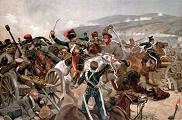










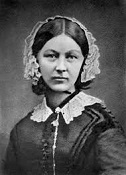
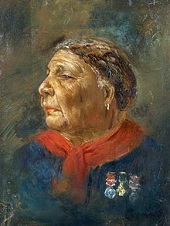
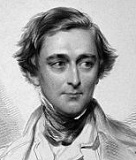













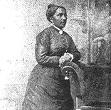

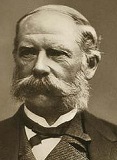















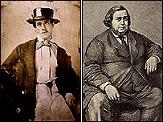


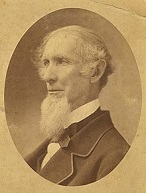
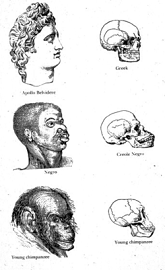



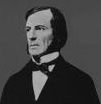
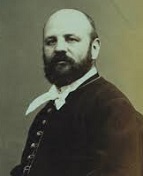
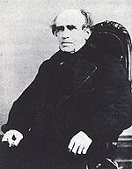
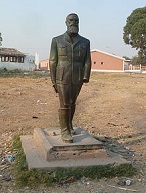
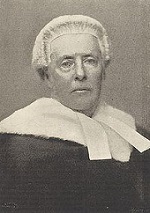

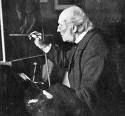




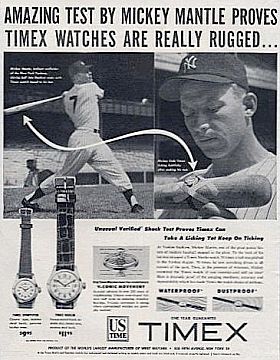
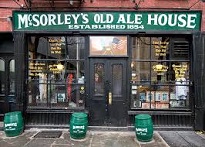
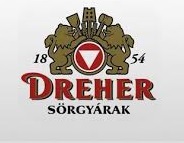
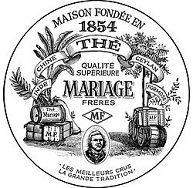
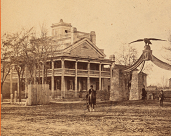
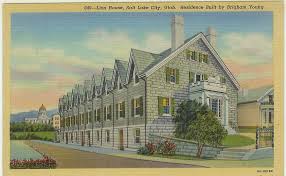
1854 221K+ German immigrants arrive in the U.S. in this peak immigration year. A cholera epidemic in Chicago, Ill. kills 5% of the pop., causing the city to decide to build a sanitation system, requiring the low-lying areas of the city to be raised up to 14 ft. out of the mud to work, which takes two decades and requires many houses to be relocated. On Feb. 23 the Convention of Bloemfontein (Orange River) is signed, and the British leave the territory N of the Orange River, recognizing the independence of the Boers between the Orange and Vaal Rivers, resulting in the formation of the Boer Repub. of the Orange Free State; too bad, it does not set the boundaries of the Basotho kingdom. In Feb. Commodore Matthew C. Perry returns to Japan with seven menacing "black ships", making his 2nd landing in Japan on Mar. 8, and on Mar. 31 near Yokohama he forces the Tokugawa shogunate to sign the Treaty (Convention) of Kanagawa, acceding to U.S. demands, and opening two ports for trade; he brings back the Japanese word "taikun" (great prince), which becomes the English word tycoon; his Western aggression leads to the birth of Japanese nationalism? On Mar. 1 the Plan de Ayutla, devised by Col. Florencio Villarreal and supported by Benito Juarez, Juan Alvarez, and Iganacio Comonfort removes dictator Antonio Lopez de Santa Anna and convenes a constituent assembly in order to draft a Mexican federal constitution. On Mar. 16 the U.S. govt. signs a Treaty with the Omaha; Omaha, Neb. (modern-day pop. 466K/975K) becomes the capital of Nebraska Territory (Neb.) (until 1867), and is incorporated in 1857, while the village of Lancaster is incorporated in 1856, going on to beat Omaha out as capital of the state in 1867. On Mar. 16 a Marble Block from the Temple of Concord in Rome donated by Pope Pius IX for the Washington Monument in Washington, D.C. is stolen by anti-Catholic thieves, probably Know-Nothings, who probably threw it into the Potomac River. On Mar. 20 in reaction to the Kansas-Nebraska Act, the anti-slavery Republican Party is founded in Ripon, Wisc. by Francis Preston Blair Sr. (1791-1876), George Sewall Boutwell (1818-1905), Asahel Nichols Cole (1821-89), George William Curtis (1824-92), Henry Brewster Stanton (1805-87) (husband of Elizabeth Cady Stanton) et al. in protest to fight against the expansion of slavery in the new territories of the West, becoming free-soil and anti-slavery but not abolitionist, and incorporating what's left of the anti-slavery members of the defunct Whig Party; on July 6 it holds its first official meeting in Jackson, Mich. In Mar. Britain joins with France against Russia to prevent it from gaining control of Turkey and the Holy Land, and declare war on Russia on Mar. 28, starting the "incredibly popular" (Queen Victoria) Crimean War (begun Oct. 16, 1853?) (ends Mar. 30, 1856), with Ben. Fitzroy James Henry Somerset, 1st Baron Raglan (1788-1855) appointed as British CIC; Turkey agrees to Austrian occupation of its Danubian principalities until the end of the war; Victoria and Albert, who again opposed the Liberals and fought to prevent the war, only to see their popularity bottom-out, and Albert get accused of being a Russian agent (and/or that they both had been imprisoned) now wake up, flip-flop, and enthusiastically support the massacre of their own people, er, the incredibly popular war, restoring their popularity. On Apr. 3 the San Francisco (Old) U.S. Mint AKA the Granite Lady in San Francisco, Calif. opens; in 1874 it moves to accommodate gold miners; after it survives the 1906 San Francisco Earthquake it is closed in 1937; meanwhile it makes 246 dime-size $2.50 Quarter Eagles from Gold Rush ore; by 2005 only 12 are known to exist, and one brings $253K in a Beverly Hills, Calif. auction. On Apr. 15 (5 p.m.) the packet ship Powhatan, carrying 311 German immigrants sinks off the coast of Atlantic City, N.J. in a storm, killing all aboard, causing a lighthouse to be built later in the year; on July 5 the Camden-Atlantic City Railroad begins operating, making Atlantic City into a tourist haven. In Apr. Sir Roger Charles Tichborne (b. 1829) is lost at sea after quitting the 6th Dragoon Guards of Dublin because of his weird French accent and attempting to sail back to England; too bad, his mommy won't accept his death, and ends up talking Arthur Orton (1834-98), a butcher from Wagga Wagga, Australia into claiming to be him, and he arrives in London on Christmas Day, 1866; too bad, she dies in Mar. 1868, and the real heirs close in and take him to court, and he ends up being convicted of perjury on Feb. 28, 1874 and sentenced to 14 years hard labor; after being released in 1884, he continues his claims until his death, and even gets conspiracy theories involving Jesuits spread around; his large girth causes the term "tich" to be coined, meaning a small person? On May 30 after a push by Northern Dem. Senators Stephen Douglas of Ill. and Lewis Cass of Mich. to help the North catch up with Pres. Pierce's deal for a southern-route transcontinental railroad, the Missouri Compromise of 1820 is repealed, and the U.S. Kansas-Nebraska Act is passed, creating the territories of Kansas and Nebraska, while permitting a local option on slavery (popular sovereignty) (Tex. Sen. Sam Houston votes against it); both slave owners and free soilers rush in, riots ensue, and the War for Bleeding Kansas begins, trashing the existing political party system, destroying the Whigs and dividing the Dems; the city of Lawrence, Kan. (modern-day pop. 95K) is founded in NW Kan. between the Kansas and Wakarusa Rivers near Hogback Ridge on the Oregon Trail, becoming a hotbed of anti-slavery sentiment, going on to be the site of the Wakarusa War (1855), the Sack of Lawrence (1856), and the Lawrence Massacre (1863); after the U.S. Civil War ends, it becomes home to the U. of Kan. in 1866, and Haskell Indian Nations U. in 1884. In May opposition Liberals based in Leon, Nicaragua begin a civil war against pres. Fruto Chamorro Perez, and gain support from El Salvador and Honduras, then siege Granada unsuccessfully. On June 1 Mariage Freres (Frères) (Mariage Brothers) gourmet tea co. is founded in Paris, France by brothers Henri Mariage and Edouard Mariage to satisfy the new demand for everything English incl. tea; in 1860 they introduce Chocolat des Mandarins, a tea-chocolate blend, going on to becoming the oldest tea co. in France. In June Charlotte Bronte marries her father's curate Arthur Bell Nicholls after he held up the marriage for a year, causing the latter to resign; the marriage lasts less than a year before her death next Mar. 31. Look at him, do you need a rhyme? The bachelor premieres on Egypt TV Friday at 9? On July 13 Egyptian pasha (viceroy of Egypt) Abbas I Said (b. 1813) is murdered by his slaves, and his European-educated son Mohammad (Mohammed) Sa'id Pasha (1822-63) succeeds him as wali of Egypt and Sudan (until Jan. 17, 1863), curbing the influence of sheikhs, establishing the Bank of Egypt, opening Egypt's first std. gauge railway, wearing European dress and attempting rapid modernization of Egypt, becoming the Suez Canal pasha. On July 16 (Sun.) while trying to go to church, 24-y.-o. African-Am. schoolteacher Elizabeth Jennings Graham (1830-1901) is thrown off a bus in Manhattan, N.Y. because of her color, causing her to fight back and sue, winning $225 damages; after another black named Peter Porter is barred from a rail car and sues, they win the right to ride on an equal basis. The original Sgt. Schulz on Hogan's Heroes? In July delegates from 13 U.S. states form the Know-Nothing Party, whose members pledge never to vote for any foreign-born (esp. Irish) or Roman Catholic (esp. Irish) candidate, and when asked about it to say "I know nothing"; in Nov. they sweep the Mass. legislature, winning all but two seats in the lower house; in the fall they elect 40+ congressmen, and almost control New England; too bad that the Irish keep a-comin', and by 1860 1.5M enter the U.S., drowning them out. On Aug. 24-26 the Nat. Emigration Convention of Colored People is held in Cleveland, Ohio, attended by black physician Martin Robinson Delany (1812-85), who pub. the manifesto "Political Destiny of the Colored Race on the American Continent"; the convention passes a resolution that "as men and equals, we demand every political right, privilege and institution to which the whites are eligible in the United States, and we will either attain to these, or accept nothing", becoming the start of U.S. black nationalism. The coats will be available after what coat campaign? In early Sept. after the Turks have already driven the Russians from the occupied provinces, 20K British troops under Lord Raglan and 30K French troops under marshal Armand Jacques Leroy de Saint-Arnaud (1798-1854) land unopposed on the Crimean coast N of the fortified port of Sebastopol (Sevastopol), the main Russian naval base on the peninsula, with a plan to carry the war into Russian territory; too bad, the French stall in attacking the fort long enough to give the Russians time to rush in reinforcements; on Sept. 20 Anglo-French forces led by field marshal Sir Colin Campbell, 1st Baron Clyde (1792-1863) and Gen. Pierre Francois Joseph Bosquet (1810-61) win the Battle of the Alma River near Sebastopol against Russian forces under prince Alexander Sergeyevich Menshikov (1787-1869), becoming the first big battle of the war. In Sept. the 3,692m Wetterhorn (Hasle Jungfrau) in the Swiss Alps is allegedly first climbed by English judge Sir Alfred Wills (1828-1912), who pub. "Wanderings Among the High Alps" in 1856, making mountaineering fashionable in Britain and launching the Golden Age of Alpinism (ends 1865); too bad, it was first summitted by Hans Juan and Melchior Bannholzier on Aug. 31, 1844; Wills goes on to preside over the 1895 Oscar Wilde indecency trial. On Oct. 4 successful ($5K a year) 6'4" atty. Abraham Lincoln speaks against 5'4" "Little Giant" Stephen Douglas in Springfield, Ill., and again on Oct. 16 at Peoria, Ill., opposing popular sovereignty when it comes to slavery, because "all this, to my judgment, furnishes no more excuse for permitting slavery to go into our own free territory, than it would for reviving the African slave trade by law". The Sevastopol Sketches, Defence of Sevastopol, Charge of the Light Brigade, Thin Red Line classic siege of the 19th cent.? On Oct. 17 after the Allies (French, British, Ottoman) land 50K men at Eupatoria on Sept. 14, the Siege of Sebastopol (Sevastopol), home of the Russian tsar's Black Fleet begins (ends Sept. 9, 1855), with the Allied strength under French Gen. Francois Canrobert, French Gen. Aimable Pelissier, Britsh Gen. Lord Raglan, British Gen. Lord Lyons, British Gen. Sir James Simpson, British Gen. Sir William Codrington, Ottoman Gen. Omar Pasha, and Ottoman Gen. Iskender Pasha starting at 67K, growing to 175K by next July (75K French, 35K Bitish, 60K Ottoman, 15K Piedmontese), increased in Aug. by 22K Ottomans, 9K Germans, 3K Swiss, 1.5K Polish, and 2K Italians, and the Russian garrison under Gen. Vladimir Kornilov, Gen. Pavel Nakhimov, and Gen. Eduard Totleben starting at 36.6K, reaching 43K plus a 42K-man army in the Crimea by next May, along with 8,886 naval gunners; the French have a 30K-man reserve army in Constantinople, and the British a 15K-man reserve army in Malta. The White Is Ostensibly Right Manifesto ends up being stopped by fear of another U.S. slave state? On Oct. 18 at the request of secy. of state William Learned Marcy, the U.S. ministers to Great Britain (James Buchanan), France (John Young Mason), and Spain (Pierre Soule) (Pierre Soulé) draft the Ostend Manifesto at Ostend, Belgium, calling for the U.S. to buy Cuba from Spain, and, if Spain refuses to sell, "then, by every law, human and divine, we shall be justified in wresting it from Spain"; after an outcry by anti-slavery forces, Marcy repudiates the doctrine, causing Soule (who had originally begun negotiations with Spain to purchase it without authorization, causing the Ostend Conference to be ordered) to resign. Who didn't call off the Charge of the Light Brigade? On Oct. 25 (Wed.) the Battle of Balaklava (Balaclava) Harbor is a D for Russia (a push?) and a claim to fame for the Scots Guards, led by Sir Colin Campbell (1792-1863), who earn the nickname "the Thin Red Line" from Rudyard Kipling's "thin red line of 'eroes"; British troops wear knitted balaclava headgear to keep warm, later used for ski masks; too bad, on Oct. 25 the stiff-upper-lip nutso Charge of the Light Brigade (the Six Hundred) during the Battle of Balaklava sees 107 of 674 British cavalrymen dressed up all cool, commanded by James Thomas Brudenell, 7th Earl of Cardigan (1797-1868) (11th Hussars) (known for his cool Cardigan sweaters) mowed down in an attack on the wrong valley, which is flanked by Russian artillery, in a mini-rehearsal of Gallipoli in WWI?; his boss field marshal George Charles Bingham, 3rd Earl of Lucan (1800-88) gets the blame, then at his court-martial blames his boss Lord Raglan; "Half a league, half a league,/ Half a league onward,/ All in the valley of death/ Rode the six hundred" (Alfred, Lord Tennyson). In Oct. the French unsuccessfully attack Gordon's Hill (Fort Mamelon), losing 600 casualties, after which the Russians build the Kamschatka Redoubt on the summit as part of their double and triple lines of defensive works around Sevastopol, which is taken next June by the French and British, with 380 British and 1000 French casualties. In Oct. Suquamish Indian Chief Seattle (1786-1866) in Washington State allegedly gives a great speech lamenting the takeover of his land by the palefaces, starting with: "How can you buy or sell the sky, the warmth of the land?"; too bad, it's fiction, first pub. in 1887 by Dr. Henry A. Smith of Ohio. On Nov. 5 the Battle of Inkerman (3rd major engagement of the war) starts out with a Russian attack in early morning fog, and ends as a V for the allies, where again Pierre Bosquet's troops are largely responsible. On Dec. 25 the Fort Pueblo Masacre sees a hunting party of 50 pissed-off Muache Ute warriors led by Chief Tierra Blanca who were given woolen coats infected with smallpox in Oct. fed Taos Lightning by a white trader in Pueblo, Colo., causing them to go on the warpath and wipe out the settlement, killing 15 mainly native Mexican settlers except two Mexican women, two infants, and a mute man named Romaldo, who tells the story with sign language, after which the fort is abandoned, and acting N.M. Gov. William S. Messervy calls for genocide of the entire Jicarilla tribe, with the soundbyte: "The best interest of this territory and the highest dictates of humanity demanded their extinction"; in 1857 new gringos from St. Louis rebuild it and call it Fountain, from the mineral springs at Manitou Spring NW of Colo. Springs; it is incorporated in 1870, gets the railroad in 1872, and in 1881 becomes a steel town with its own blast furnace. On Dec. 31 Philly-born Tammany Hall Dem. Fernando Wood (1812-81) is elected mayor #73 of New York City (until Dec. 31, 1858), fighting to control the corrupt New York Muncipal Police (founded 1845). In Dec. English ship Ben Nevis arrives in Galveston, Tex. with 500 Wendish-speaking Slavic Wends from Lusatia, Germany. In Dec. the Russian winter in the Crimea witnesses an eerie presage of WWI trench warfare, incl. the unpreparedness of the British army, which suffers from starvation, exposure, and disease in slimy rat-infested pits when the road to Balaklava becomes impassable; since the Times has the world's first war correspondent, William Howard Russell (1821-1907), on the spot, the harrowing pictures outrage public opinion; one good thing, in the war the British learn about papirosi (cigarettes) from the Turks, and get a new habit for peacetime use?; another good thing, on Oct. 21 able white head nurse Florence Nightingale (1820-1910) and her staff of 38 female volunteer nurses plus 15 Roman Catholic nuns are sent to the Crimean War by her Conservative statesman friend (secy. of war) Sidney Herbert, 1st Baron Herbert of Lea (1810-61) to do her thing, arriving in Nov. at Selimiye Barracks in Scutari (modern-day Uskudar, Istanbul), the mistreatment of POWs boosting her (and all female nurses') career as she introduces hygienic standards into military hospitals, writing a plea pub. in the Times asking for a prefabricated hospital design, resulting in Renkioi Hospital, which reduces the death rate 90%, gaining her the nickname "the Lady with the Lamp"; next Nov. 29 the Nightingale Fund is established for nurse training schools, for which she writes the textbook Notes on Nursing: What It Is and What It Is Not (1859), containing the soundbyte: "Every day sanitary knowledge, or the knowledge of nursing, or in other words, of how to put the constitution in such a state as that it will have no disease, or that it can recover from disease, takes a higher place. It is recognised as the knowledge which every one ought to have – distinct from medical knowledge, which only a profession can have" (later adopted by fine brothels?); meanwhile Jamaican-born mixed-race nurse Mary Jane Seacole (nee Grant) (1805-81) sets up the British Hotel behind the lines, using her knowledge of herbal medicine and hygiene to treat wounded soldiers, making her extremely popular among them; on June 20, 2016 a statue in her honor is erected at St. Thomas' Hospital in London, calling her a "pioneer nurse", pissing-off Nightingale supporters. On Dec. 8 the Veil of St. Veronica (kept in Rome since about 700) is publicly exhibited in St. Peter's, Rome; Milan and other cities dispute the right to possess the relic. On Dec. 15 after proclaiming his kingdom neutral in the Crimean War on May 16, and negotiating an annexation treaty with U.S. secy. of state William L. Marcy in Aug. (which is never signed), king (since June 6, 1825) Kamehameha III (b. 1825) dies, and next Jan. 11 his Calvinist-educated nephew and adopted son (grandson of Kamehameha I) Alexander 'Iolani (Hawaiian "hawk of heaven") Liholiho becomes king #4 Kamehameha IV (1834-63) of Hawaii (until Nov. 30, 1863), going on to fight against increasing Yankee control and seek deals with British and other Euro govts. in vain. On Dec. 21 an emergency railroad building crew led by Sir Samuel Morton Peto (1809-89) and his rival Brassey leaves Liverpool for Balaklava. In Dec. Russian novelist Leo Tolstoy commands an artillery unit at Sevastopol. Guatemalan army chief and dictator Rafael Carrera finally legitimizes himself and becomes pres., cheered on by the aristocracy and the Church. Cornelius Vanderbilt's Nicaragua proclaims itself a repub. Greek king Otto I approves French-British occupation of the Piraeus (pr. pie-REE-us) (the seaport of Athens) (modern Greek name Peiraievs, pr. PEE-re-efs) on the Saronic Gulf to prevent a Greco-Russian alliance during the Crimean War, pissing-off the Greek people. In Boston, Mass. fugitive slave Arthur Burns (1834-62) is arrested, causing a protest meeting in Faneuil Hall led by Theodore Parker and Wendell Phillips, followed by an attempt to storm the courthouse and rescue him, causing a riot in which a deputy is killed; the courts go on and give Burns back to his white cracker, but he is sold to another white massah who frees him, and he attends Oberlin College and becomes a Baptist minister in St. Catherine's in Ontario, Canada. In Milwaukee, Wisc. abolitionist editor Sherman M. Booth rouses a mob to rescue a fugitive slave, which gets him arrested and convicted in federal court of violating the Fugitive Slave Act; the Wisc. state supreme court orders him freed on the ground that the act is unconstitutional; the case goes to the U.S. Supreme Court. After a hungry Sioux slaughters a stray sick cow for food, and the owner demands $25 for it, receiving an offer of only $10, white racist Ft. Laramie, Wyo. Lt. John L. Grattan goes after the cow thief with 30 men, firing without warning on the Sioux camp and killing a chief, causing the Indians to get pissed-off and massacre him and all but one of his men; thus begin the 30-year U.S.-Indian Wars? The Self-Acting Mule Rev. begins in Spain, started by a gen. strike of textile workers over the introduction of the self-acting mule (spinning machine) and the loss of wheat supplies from Russia caused by the Crimean War, which causes a famine in Galicia; the govt. in Madrid is overthrown by Irish-born Gen. Leopoldo O'Donnell, 1st Conde of Lucena (1809-67); on July 14 after Isabella II threatens to abdicate, Gen. Baldomero Epartero resigns in favor of Gen. Leopoldo O'Donnell, who becomes Spanish PM #44, forming the Union Liberal Party which combines Carlist, moderate, and progressive factions, going on to promote laissez-faire policies and confiscate Church land, reestablishing the 1845 constitution; too bad, a reaction begins, and on Oct. 12 O'Donnell is dismissed, followed by two years of violence. The Elgin-Marcy Reciprocity Treaty on Canadian trade is signed by Britain and the U.S. The Juvenile Offenders Act in Britain is passed. The Northcote-Trevelyan Report leads to the formation of the British Civil Service Commission. The Ottoman govt. signs its first foreign loan agreement, beginning a permanent debt slavement to Euro (mainly French) banks until the fall of the empire in 1914. Rwanda (Ruanda) is first visited by European explorers, who are impressed by the tallness of the Watusi - somebody needs to invent basket what? Portuguese explorer Antonio Francisco Ferreira da Silva Porto (1817-90) crosses South Africa from W to E, becoming the only white explorer in Portuguese West Africa. The town of Santa Claus, Ind. (modern-day pop. 2.4K) is founded after the name Santa Fe (pr. "fee") is refused by the U.S. Post Office, going on to become the only post office on Earth with the name Santa Claus, causing it to receive thousands of letters from children each year addressed to Santa Claus, and a special group of volunteers called Santa's Elves to send replies starting in 1914. Pope (since 1846) Pius IX (1792-1878) declares the Immaculate Conception of the Blessed Virgin Mary to be an article of faith (dogma) - like a dog's ma? After 38 French merchant ships and one warship during a violent storm in the Crimean War, the Met (Meteorological) Office is founded in England as a nat. storm warming service under English meteorologist Capt. (later vice-adm.) Robert FitzRoy (1805-65) (captain of HMS Beagle during Charles Darwin's voyage in 1831-6), who coins the term "forecast" in 1859 after a big storm on Oct. 25-26, 1859 in the Irish Sea that sinks 133 ships, badly damages 90, and kills 800 incl. the steam clipper Royal Charter off the NE coast of Anglesey, Wales. 61-y.-o. Sam Houston has his sins washed away by the Baptist church in Little Rocky Creek in Tex. U.S. secy. of war Jefferson Davis tells sculptor Thomas Crawford not to put the Phrygian cap on statues he's preparing for the U.S. Capitol, because "American liberty is original and not the liberty of a freed slave" - famous last words? Irish-born British naval officer Sir Robert John Le Mesurier McClure (1807-73) becomes the first to transit the very iffy Northwest Passage, After getting turned on by Alexander von Humboldt's "Cosmos" (1845), the Schlagintweit brothers of Munich, Germany incl. Hermann Schlagintweit (Hermann Rudolph Alfred von Schlagintweit-Sakünlünski) (1826-82), Adolf von Schlagintweit (1829-57), Eduard Schlagintweit (1831-66), Robert Schlagintweit (1833-85), and Emil Schlagintweit (1835-1904) begin exploring C Asia to study the Earth's magnetic field, traveling through the Deccan, Himalayas, Karakoram Mts., Kunlun Mts., and returning to Nepal in 1857, going on to pub. "Results of a Scientific Mission to India and High Asia" (4 vols.) (1860-66); Hermann recives the title Sakunlunski for crossing the Kunlun Mts.; Emil later sells 102 Tibet ms. and block books collected by his brothers to the Bodleian Library of Oxford U., which are used by Madame Helena Blavatsky. Topeka, Kan. on the Kansas River 55 mi. W of Kansas City at the site of a ferry founded in the 1840s by three half-Kansas Indian sisters married to the French-Canadian Pappan Brothers is founded by anti-slavery colonists incl. mayor #1 Col. Cyrus Kurtz Holliday (1826-1900) (who in 1859 founds the Atchison, Topeka and Santa Fe Railroad), becoming prominent in the political conflict before the U.S. Civil War. After Sgt. Charles Floyd dies there on Aug. 20, 1804, becoming the only death during the 2.5-year Lewis and Clark Expedition, the city of Sioux City, Iowa on the navigational head of the Missouri River in NW Iowa (modern-day pop. 82K) is founded as a stop on the Great Plains for Mormons headed to Salt Lake City and prospectors heading to Wyo.; during Prohibition it becomes known as "Little Chicago" for its speakeasies. The Turin-Genoa Railroad opens. A Jewish seminary is founded in Breslau. St. Stanislaus College in Bay Saint Louis, Miss. is founded by the Brothers of the Sacred Heart; the school mascot is Rock-A-Chaw. Austrian Emperor Francis Joseph I marries Princess Elizabeth of Bavaria. After warnings from his commanding officer about his drinking habits, Ulysses Grant resigns from the U.S. army, and for the next six years holds a variety of jobs in the Midwest, all a failure. Composer Robert Schumann attempts suicide, then is confined in a mental institution at his own request for two years before croaking in 1856 in middle age. The Felibrige (Félibrige), a society devoted to a Provencal lit. renaissance is founded on May 21 by seven poets, incl. Joseph Roumanille (1818-91), Frederic Mistral (1830-1914), and Theodore Aubanel (1829-86). The Evelina de Rothschild School for Girls is founded in Jerusalem; in 1900 Annie Landau (1873-1945) becomes headmistress, pub. an article in the Jewish Chronicle of Oct. 30, 1903 that gives Jerusalem's pop. as 40K Jews, 14K Muslims, and 6K Christians. The trading center of Brownsville is founded in Nebraska on the Missouri River, becoming a depot connecting steamboats with freight wagons headed W to Denver and Santa Fe. The first bitumenous road is laid in Paris. The Christiana-Eidsvoll Railway in Norway is completed, followed in 1856 by the Orebro-Nora Railway in Sweden. Univ. College Dublin (UCD) (originally the Catholic U. of Ireland) in Dublin, Ireland is founded on May 18, with Anglican-to-Roman Catholic convert John Henry Newman (1801-90) as rector #1 (until 1860); it is reformed in 1880, and chartered in 1908. The Working Men's College is founded in London by Christian Socialism founder John Frederick Denison Maurice (1805-72). Hamline U. is founded in St. Paul, Minn., named after United Methodist bishop Leonidas Lent Hamline, becoming the oldest higher learning inst. in Minn. Lincoln U. in Chester County, Penn. is founded, becoming the first higher ed. institution for youth of African descent, graduating leaders for the new nation of Liberia, then going on to graduate Thurgood Marshall, Langston Hughes, Roscoe Lee Browne, Nnamdi Azikiwe, Kwame Nkrumah, and Melvin B. Tolson.; called Ashmun Inst. until 1866. The secret Knights of the Golden Circle is organized in the Am. South to keep the nigger down, er, preserve and extend the sacred institution of black slavery by setting up a separate confederation of slave states, going on to spread to Northern and border states (ends 1864). The Society of Accountants is founded in Edinburgh, Scotland, becoming the first assoc. of prof. accountants, followed by Glasgow (1855), Aberdeen (1867) and London (1880); meanwhile the profession lags in Europe and the U.S. The New York Academy of Music is founded in New York City. McSorley's Bar in New York City at 15 E. 7th St. is founded, becoming the #1 drinking establishment in the city, later attracting famous customers incl. Abraham Lincoln, Theodore Roosevelt, Boss Tweed, and Woody Guthrie, and described by poet e.e. cummings as "snug and evil", serving "the ale which never lets you grow old"; a pair of Houdini's handcuffs hang from the bar rail, along with wishbones hung above the bar by Doughboys going off to WWI who promised to remove them when they returned; after years of the motto "Good Ale, Raw Onions and No Ladies", women's libbers force it to admit women in 1970. The 72-ft.-dia. Great Laxey Wheel, designed by Robert Casement is erected to pump 250 gpm of water for the Great Laxey Mine in the Isle of Man; at the S end of the wheelhouse is a 6-ft.-dia. iron casting of the Three Legs of Man (triskelion), first used in charter seals in 1246. Sculptor Benjamin Waterhouse Hawkins designs full-size restorations of the dinosaurs for installation on the grounds of Sydenham Park outside London, where the Crystal Palace had been rebuilt following the Great Exhibition of 1851. Dreher Brewery is founded in Kobanya, Budapest, Hungary, producing brands incl Arany Aszok and Dreher Bak; in 1993 it joins the South African Breweries (SAB), which in May 2002 merges with the Miller Brewing Co. to create SABMiller. Irish immigrant John McSorley (-1910) arrives in New York City, founding McSorley's Old Ale House (originally the Old House at Home) near Cooper Square, which becomes the oldest continuously-operating Irish pub in New York City in modern times, selling Irish Red Ale, Irish Black Lager et al., with the motto: "Good Ale, Raw Onions and No Ladies" until the govt. forces them to admit women on Aug. 10, 1970; celeb visitors incl. Abraham Lincoln, Ulysses S. Grant, Teddy Roosevelt, Peter Cooper, Boss Tweed, Woody Guthrie, and Hunter S. Thompson; "The alie which never lets you grow old" (e.e. cummings); memorabilia on the walls incl. a pair of Harry Houdini's handcuffs. The Waterbury Clock Co. is founded in Waterbury, Conn. by brass manufacturer Benedict & Burnham Co. to manufacture low-priced brass clocks, becoming #1 in the Naugatuck Valley and helping turn it into "the Switzerland of America"; in 1878 the new Waterbury Watch Co. introduces the Long Wind pocket watch, made of 58 punched sheet brass parts; in 1887 they introduce the Jumbo pocket watch, named after P.T. Barnum's elephant, partnering with salesman Robert H. Ingersoll in 1892 and selling millions; in 1896 they introduce the $1 Ingersoll Yankee pocket watch, becoming known as "the watch that made the dollar famous"; in 1922 the Waterbury Clock Co. buys Robert H. Ingersoll & Bros. for $1.5M, then sells it to its London-based board of dirs. in 1930; in 1930 Waterbury Clock Co. begins producing Walt Disney Mickey Mouse watches and clocks under the Ingersoll name, and introduces them to the public at the 1933 Chicago World's Fair, becoming their first $1M-selling line; in 1942 they move to Middlebury, Conn. and begin producing precision timers for the U.S. military; in 1950 after changing their name to United States Time Corp. and making use of WWII-developed Armalloy to replace expensive jewels, they introduce the Timex brand with newsman John Cameron Swayze as spokesperson, with the motto "Timex - Takes a licking and keeps on ticking", becoming the best-selling wristwatch in the U.S. by 1962 (one out of three); in 1950 they become the exclusive manufacturer of Polaroid cameras (until 1975); on July 1, 1969 the co. is renamed Timex Corp.; too bad, digital watches steal their market, causing them to try selling home computers incl. the Timex Sinclair 1000, ZX81, and ZX Spectrum, which they abandon in 1984; in 1986 they introduce the Ironman Triathlon watch, which becomes #1 again in the U.S.; in 1992 they introduce the Indiglo night light, which is used by an officer worker after the Oct. 26, 1993 World Trade Center Bombing to guide fellow employees down 40 flights of dark stairs, causing a sales boom; in 1991 they acquire Callanen Internat., maker of Guess brand watches; in 1993 they produce the Disney Classics Collection; in 1994 they acquire Nautica Watchews, introducing the Timex Data Link, which uses Micosoft software; in 1997 they introduce the Timex Expedition for outdoor sports; in 1998 they and Motorola introce Beepwear with an integrated pager; in 2000 they acquire French fashion watch co. Opex, followed in 2002 by Marc Ecko; in 2005 they acquire Swiss luxury watchmaker Vertime SA, maker of the Versace and Versus brands; in 2006 they introduce the TX brand, and acquire the ultra-luxury Swiss brand Vincent Berard. Sports: On Aug. 3 Yale and Harvard engage in a crew race, becoming the first Am. intercollegiate sporting event; they go on to hold the first intercollegiate contests in ice hockey, soccer, and basketball. Trotter horse Flora Temple (1845-77) breaks the 2:20 mile. Architecture: The first Holy Cathouse in the Am. West? Am. "Mormon Moses" (pres. #2 since Dec. 27, 1847) Brigham Young builds the Beehive House (begun 1852) on South Temple St. 1 block E of the LDS Temple as the executive mansion for the Territory of Utah; in 1856 he builds the long motel-like Lion House at 63 E South Temple in Salt Lake City to house his family of 27 wives and 57 children, with each wife given her own apartment with parlor, bedroom, and locked front door; Young later dies there (he's got the master key and the family jewels?); in 1859 Eagle Gate Monument is built next to Beehive House. Napoleon III's wife Empress Eugenie builds a palace on the beach in Biarritz in SW France, making it popular with Euro royalty. The Sacramento Valley Railroad in Calif. is designed by Bridgeport, Conn.-born chief engineer Theodore Dehone Judah (1826-63), becoming the first railroad built W of the Mississippi River, with construction beginning on Feb. 1855, completed in 1877; Judah goes on to promote the idea of a transcontinental railroad through the Sierra Nevada Mts., becoming known as "Crazy Judah", going on to become chief engineer of the Central Pacific Railroad (CPRR), which builds the section of the First Transcontinental Railroad 690 mi. E from Sacramento, Calif. to Promontory Summit, Utah. The Upper Ganges Canal is built by the British to service the Haridwar Dam, greatly decreasing the flow of the Ganges River, leading to its decline as an inland waterway. Inventions: On Nov. 27 Andre-Adolphe-Eugene Disderi (André-Adolphe-Eugène Disdéri) (1819-89) of Paris, France patents Carte-de-Visite Photography, which produces a thin paper photograph mounted on a thicker visiting card-sized (6cm x 9cm) paper card, which doesn't sell until Disderi pub. photos of Emperor Napoleon II in 1859, making it into an overnight success, leading to a worldwide boom in portrait studios known as Cardomania; too bad, he fails to patent it, and after getting wealthy dies broke in an asylum. Scottish engineer John Elder (1824-69) invents the compound steam engine with two cylinders, which uses one-third less coal; in July the SS Brandon, the first ship with the new engine sails. Spanish singing teacher Manuel Patricio Rodriguez Garcia II (1805-1906) invents the Laryngoscope. German watchmaker Heinrich Goebel invents the first electric light bulb. The first street-poster pillars are erected in Berlin by Ernst Litfass. U.S. Navy doctor Edward Robinson Squibb (1819-1900) invents a method for safely distilling ether for use as an anesthetic, and refuses to patent it; in 1858 he founds E.R. Squibb & Sons to manufacture ether, chloroform, and other pharmaceuticals. Science: English astronomer royal Sir George Bidddell Airy (1801-92) establishes the specific density of the Earth as 6.566 after placing a pendulum at the bottom of Harton Pit near Brooke, er, South Shields; the true value is 5.515. French chemist Pierre Eugene Marcellin Berthelot (1827-1907) pub. a doctoral dissertation establishing the structure of fats and glycerin, methods of synthesis, and the nature of polyhydric alcohols. English mathematician George Boole (1815-64) of Queen's College in Cork, Ireland founds Boolean Algebra. On Sept. 1 Scottish-born Am. astronomer James Ferguson (1797-1867) discovers 31 Euphrosyne, 12th largest and 5th most massive asteroid in the asteroid belt, named after Greek goddess Euphrosyne (Euthymia) (one of the Three Graces or Charites), becoming the first asteroid discovered from North Am. Tetraethyl lead is discovered by German chemist ?. Nonfiction: Edmond About (1828-85), La Grece Contemporaine; his archeological studies in Athens. Louisa May Alcott (1832-88), Hospital Sketches; letters written to her family while serving as a U.S. Civil War nurse. George Bancroft (1800-91), History of the United States of America, from the Discovery of the American Continent (8 vols.) (1854-78); makes him "the Father of American History". Phineas Taylor Barnum (1910-91), The Life of P.T. Barnum, Written by Himself (autobio.); "much puffed in advance - nurtured in bumbeg" (New York Times). Thomas Hart Benton (1782-1858), A Thirty Years' View, or a History of the Working of the American Government from 1820 to 1850 (2 vols.) (1854-6). George Boole (1815-64), An Investigation of the Laws of Thought, on Which Are Founded the Mathematical Theories of Logic and Probabilities; founds Boolean Algebra. John Elliott Cairnes (1823-75), An Examination into the Principles of Currency. Sir Edward Shepherd Creasy (1812-78), History of the Ottoman Turks, from the Beginning of Their Empire to the Present Time; based on Joseph von Hammer's "History of the Ottoman Empire" (1827-35). Charles Dickens (1812-70), A Child's History of England. John Bovee Dods (1795-1872), Spirit Manifestations Examined and Explained: Judge Edmonds Refuted; or, An Exposition of the Involuntary Powers and Instincts of the Human Mind. Christian Ehrenberg (1795-1876), Microgeology. George Fitzhugh (1806-81), Sociology for the South, or The Failure of a Free Society; advocates slavery as the alternative to capitalism - if he were talking about robots he'd be a prophet? Theodor Fontane (1819-98), Ein Sommer in London. Charles W. Frothingham, The Convent's Doom: A Tale of Charlestown in 1834 (The Haunted Convent); bestselling Am. anti-Roman Catholic polemic. Theophile Gautier (1811-72), Histoire du Romantisme; Constantinople; cool travel book. Edmond de Goncourt (1822-96) and Jules de Goncourt (1830-70), Histoire de la Societe Francaise Pendant la Revolution. Philip Henry Gosse (1810-88), The Aquarium: An Unveiling of the Wonders of the Deep Sea; launches a Victorian craze for household aquariums. Hermann Heinrich Gossen (1810-58), Entwickelung der Gesetze des Menschlichen Verkehrs, und der Daraus Fließenden Regeln für Menschliches Handeln (The Development of the Laws of Human Intercourse and the Consequent Rules of Human Action); proposes Gossen's Laws, incl. Gossen's First Law, that marginal utilities are diminishing across the ranges relevant to decision making, Gossen's Second Law, that in equilibrium an agent will allocate expenditures so that the marginal cost of acquisition (ratio of marginal utility to price) is equal across all goods and services, and Gossen's Third Law, that scarcity is a requirement for economic value; first statement of the principles of marginal utility; too bad, the German Historical School gives it an icy reception, and it has little impact until Carl Menger of Austria restates it in 1871. Ferdinand Gregorovius (1821-91), Corsica; History of the City of Rome in the Middle Ages (8 vols.); trans. to English in 1894; becomes std. work. Jakob Grimm (1785-1863) and Wilhelm Grimm (1786-1859), Dictionary of the German Language, Vol. 1. Heinrich Heine (1797-1856), Vermischte Schriften (3 vols.). George William Frederick Howard (1802-64), Diary in Turkish and Greek Waters. John William Kaye (1814-76), The Life and Correspondence of Charles, Lord Metcalfe; The Life and Correspondence of Henry St. George Tucker. Gottfried Keller (1819-90), Der Grune (Grüne) Heinrich (Green Henry) (4 vols.) (1854-55); autobio. Bildungsroman novel about his career as a painter; his masterpiece?; one of the top two German novels of the cent. along with Adalbert Stifter's "Der Nachsommer", according to Friedrich Nietzsche. William Martin Leake (1777-1860), Numismata Hellenica. Frederick Denise Maurice (1805-72), The Doctrine of Sacrifice. John Mitchel (1815-75), Jail Journal: Five Years in British Prisons (Jan.). Theodor Mommsen (1817-1903), History of Rome (3 vols.) (1853-6); covers the Roman Repub. thru Julius Caesar (-100 to -44); an instant hit, making him the #2 man on ancient Roman history after Edward Gibbon. Josiah Clark Nott (1804-73), George Robbins Giddon (1809-57) et al., Types of Mankind; a monumental work praising and supporting Samuel George Morton's work, adding the kink that negroes are not necessarily inferior to whites, just inferior at what whites do best, while superior at what they do best, with the soundbyte: "The negro achieves his greatest perfection, physical and moral, and also greatest longevity, in a state of slavery"; Giddons also claims that the Hebrew word "Adam" means "ruddy faced", which only applies to Caucasians. Georg Friedrich Bernhard Riemann (1826-66), On the Hypotheses Forming the Foundation of Geometry (Gottingen); founds Riemann Geometry. John Gilmary Shea (1824-92), History of the Catholic Missions among the Indian Tribes of the United States, 1529-1854. William Smith (1813-93) (ed.), Dictionary of Greek and Roman Geography (2 vols.). Alexis Soyer (1810-58), A Shilling Cookery for the People. Bayard Taylor (1825-78), A Journey to Central Africa; or, Life and Landscapes from Egypt to the Negro Kingdoms of the White Nile; The Lands of the Saracen; or, Pictures of Palestine, Asia Minor, Sicily and Spain. Henry David Thoreau (1817-62), Walden; or, Life in the Woods (Aug. 9); coins the word "loneliness"; "I am no more lonely than the loon in the pond that laughs so"; "I went to the woods because I wished to live deliberately, to front only the essential facts of life, and see if I could not learn what it had to teach, and not, when I came to die, discover that I had not lived... I wanted to live deep and suck out all the marrow of life, to live so sturdily and Spartan-like"; makes four more trips in later years to see the ocean - as a hermit, or did he entertain? Leo Tolstoy (1828-1910), Boyhood (autobio.). Eugene Emmanuel Viollet-le-Duc (1814-79), Dictionanaire Raisonne de l'Architecture Francais (1854-68). Richard Whately, Apophthegms. Music: Hector Berlioz (1803-69), The Infant Christ, Opt. 25 (L'enfance du Christ) (Christmas oratorio) (Salle Herz, Paris) (Dec. 10); based on the Holy Family's flight into Egypt (Matt. 2:13). Johannes Brahms (1833-97), Concerto No. 1 for Piano and Orchestra. Stephen Foster (1826-64), Jeanie with the Light Brown Hair. Charles Gounod (1818-93), La Nonne Sanglante (opera). Franz Liszt (1811-86), Les Preludes (symphonic poem). Art: Gustave Courbet (1819-77), Bonjour, Monsieur Courbet; The Artist's Studio (1854-5). William Powell Frith (1819-1909), Life at the Seaside: Ramsgate Sands; big hit, puts him in biz painting crowd scenes. William Overend Geller, Franklin at the Court of France. Jean Auguste Dominique Ingres (1780-1867), Joan of Arc at the Coronation of Charles VII in Reims Cathedral; Princess de Broglie (Joséphine Eléonore Marie Pauline de Galard de Brassacede Béarn); his last commissioned portrait of a female? Alphonse de Lamartine (1790-1869), Histoire de la Turquie. Emanuel Leutze (1816-68), Washington Rallying the Troops at Monmouth. Jean Louis Ernest Meissonier (1815-91), Au Cabaret, un Reitre et Sloughy, la Levrier du Painte. Jean-Francois Millet (1814-75), The Reaper. Moritz von Schwind (1804-71), Cinderella (aquarelle cycle). Ferdinand Waldmuller (1793-1865), Vienna Woods Landscape. Plays: Emile Augier (1820-89) and Jules Sandeau (1811-83), Le Gendre de M. Poirier. Henrik Ibsen (1828-1906), Lady Inger of Oestraat (Østråt). Poetry: Jules Amedee Barbey d'Aurevilly (1808-89), Poussières. James Thomas Fields (1817-81), Poems. Almeida Garrett (1799-1854), Folhas Cahidas; his masterpiece? Heinrich Heine (1797-1856), Neueste Gedichte. Victor Hugo (1802-85), Les Chatiments. Leigh Hunt (1784-1859), The Religion of the Heart. Charles Marie Leconte de Lisle, Poemes et Poesies. Coventry Patmore (1823-96), The Betrothed; The Espousals; his wife, symbol of the Victorian feminine ideal. Josef Victor von Scheffel (1826-86), Der Trompeter von Sackingen (verse romance). Alfred, Lord Tennyson (1809-92), The Charge of the Light Brigade (Dec. 9); pub. in The Examiner; about the Oct. 25, 1854 Battle of Balaclava during the Crimean War; "Half a league, half a league,/ Half a league onward,/ All in the valley of Death/ Rode the six hundred./ Forward the Light Brigade!"/ 'Charge for the guns!' he said:/ Into the valley of Death/ Rode the six hundred... Was there a man dismay'd?; Not tho' the soldier knew/ Someone had blunder'd:/ Theirs was not to make reply, Theirs was not to reason why,/ Theirs but to do and die: Into the valley of Death/ Rode the six hundred." - excuse me? Novels: Louisa May Alcott (1832-88), Flower Fables. Wilkie Collins (1824-89), Hide and Seek - double entendre theatre? Charles Dickens (1812-70), Hard Times; industrialist Thomas Gradgrind, who is only interested in Facts, and whose inadequacies result in the failure of his two children. Alexandre Dumas fils (1824-95), La Dame aux Perles. Alexandre Dumas pere (1802-70), Les Mohicans de Paris. Elizabeth Gaskell (1810-65), North and South - prepare yourself for battle? F.D. Guerazzi, Beatrice Cenci. Nathaniel Hawthorne (1804-64), Mosses from the Old Manse (short stories); written at the 1770 Old Manse, Ralph Waldo Emerson's place, located next to the North Bridge over Concord River in Concord, Mass. Maurus Jokai (1825-1904), A Magyar Nabob. Charles Kingsley (1819-75), Westward Ho!: Or, The Voyages and Adventure of Sir Amyas Leigh, Knight; unruly child Amyas Leigh of Bideford Quay in North Devon follows Sir Francis Drake to sea and falls for beautiful Rose Salterne, who is kidnapped by a Spaniard and burned alive; the town of you know what near Bideford, Devon is later named after it, becoming the only English town with an exclamation point in its name; "And clapping both hands to the back of his neck, the schoolmaster began dancing frantically about, while his boys broke out tittering, "Oh! the ochidore.'" Mary Russell Mitford (1787-1855), Atherton. Gerad de Nerval, Les Filles du Feu. Margaret Oliphant (1828-97), Magdalen Hepburn. Benjamin Penhallow Shillaber (1814-90), Life and Sayings of Mrs. Partington. Harriet Beecher Stowe (1811-96), The Minister's Wooing; Am. Rev. War abolitionist minister Rev. Samuel Hopkins (1721-1803). William Makepeace Thackeray (1811-63), The Rose and the Ring. Leo Tolstoy (1828-1910), Boyhood. Charlotte Mary Yonge (1823-1901), The Heir of Redclyffe; her first hit; Heartsease. Births: Scottish "Golden Bough" social anthropologist Sir James George Frazer (d. 1941) on Jan. 1 in Glasgow; educated at the U. of Glasgow, and Trinity College, Cambridge U.; knighted in 1914. Am. Beaux-Arts sculptor Louis Saint-Gaudens (St. Gaudens) (d. 1913) on Jan. 1 in New York City; French immigrant father, Irish immigrant mother; brother of Augustus Saint-Gaudens (1848-1907); husband of Annetta Johnson (1869-1943); father of Paul Saint-Gaudens. English super sleuth Sherlock Holmes (d. 1957) on Jan. 6 (Fri.); according to William S. Baring-Gould. English celeb Jennie Jerome Spencer-Churchill, Lady Randolph Churchill (d. 1921) on Jan. 9 in Cobbe Hill, Brooklyn, N.Y.; wife (1874-1900) of Lord Randolph Churchill (1849-95), 2nd son of John Winston Spencer Churchill, 7th duke of Marlborough (1822-83); mother of Sir Winston Churchill (1874-1965) and John Churchill (1880-1947); wife of (1874-1895) Lord Randolph Churchill (1849-95), (1900-14) George Cornwallis-West (1874-1951), and (1918-) Montague Phippen Porch (1877-1964). U.S. Sen. (D-N.C.) (1901-31) (white supremacist) Furnifold McLendel Simmons (d. 1940) on Jan. 20 in Pollocksville, N.C. Am. Grant's Tomb architect John Hemenway Duncan (d. 1929) on Jan. 21. Italian medium Eusapia Palladino (d. 1918) on Jan. 21 in Minervino Murge, Bari Province. Russian neurpsychiatrist Sergei Sergeievich Korsakoff (d. 1900) on Jan. 22 in Gus-Khrustalny; educated at the U. of Moscow. Am. gunfighter and Long Branch Saloon owner Luke L. Short (d. 1893) on Jan. 22 in Polk County, Ark.; grows up in Montague County, Tex. German Neo-Kantian philosopher Paul Gerhrd Natorp (d. 1924) on Jan. 24 in Dusseldorf; teacher of Hans-Georg Gadamer, Ernst Cassirer and Boris Pasternak. Dutch physician and suffragist leader Aletta Henriette Jacobs (d. 1929) on Feb. 9 in Sappemeer. Bulgarian PM #9 (1887-94) ("the Bulgarian Bismarck") Stefan Nikolov Stambulov (d. 1895) on Feb. 13 in Tirnovo. Am. "My Life and Loves" writer-editor Frank Harris (d. 1931) on Feb. 14 in Galway, Ireland; emigrates to the U.S. at age 15. English Theosophical Society leader (co-founder of the Liberal Catholic Church) Charles Webster Leadbeater (d. 1934) on Feb. 16 in Stockport, Cheshire; becomes an Anglican priest in 1879. Am. music critic Philip Hale (d. 1934) on Mar. 5 in Norwich, Vt.; educated at Yale U. Russian gen. Nikolai Vladimirovich Ruzsky (d. 1918) on Mar. 6. German biochemist Paul Ehrlich (d. 1915) on Mar. 14 in Strzelin, Poland. U.S. Dem. vice-pres. #28 (1913-21) and Ind. gov. #27 (1909-13) Thomas Riley Marshall (d. 1925) on Mar. 14 in North Manchester, Ind.; educated at Wabash College. German diphtheria physician-bacteriologist (founder of serum therapy) Emil Adolf von Behring (d. 1917) on Mar. 15 in Hansdorf, Prussia; educated at the U. of Berlin; developer of tetanus and diphtheria antitoxins. French Gen. Joseph Anthelme Fournier (d. 1928) on Mar. 15 in Peyrieu. Am. "Oh How Lovely Was the Morning" hymnodist (Mormon) George Manwaring (d. 1889) on Mar. 19 in Cheshire, England; emigrates to the U.S. in 1871. British statesman Alfred Milner, 1st Viscount Milner (d. 1925) on Mar. 23 in Giessen, Hesse-Dramstadt, Germany; educated at King's College and Balliol College, Oxford U.; friend of Arnold Toynbee. Austrian gen. (last CIC in WWI) Hermann Freiherr Koevess von Koevesshaza (Kövess von Kövessháza) (d. 1924) on Mar. 30 in Temesvar. Am. artist (black) Bill Traylor (d. 1949) on Apr. 1 in Ala.; born a slave, he learns to draw in 1939 and creates 1.8K drawings even though he is illiterate. Am. Progressive economist (white supremacist) ("Father of Land Economics") Richard Theodore Ely (d. 1943) on Apr. 13 in Ripley, N.Y.; educated at Columbia U., U. of Heidelberg, and Hobart College. Am. Socialist politician "General" Jacob Sechler Coxey Sr. (d. 1951) on Apr. 16 in Selinsgrove, Penn.; father of Legal Tender Coxey. Am. anarchist writer Benjamin Ricketson Tucker (d. 1939) on Apr. 17. Belgian atty. and peace activist (Freemason) Henri La Fontaine (d. 1943) on Apr. 22 in Brussels. French mathematician-philosopher (founder of Topology and Chaos Theory) Jules Henri Poincare (d. 1912) on Apr. 29 in Nancy; cousin of Raymond Poincare (1860-1934). British adm. Louis Alexander Mountbatten, 1st Marquess of Milford Haven (d. 1921) (AKA Prince Louis Alexander of Battenberg) on May 24 in Graz, Austria; brother of Prince Alexander of Bulgaria (1857-93); father of Louis Mountbatten (1900-79) and Queen Louise of Sweden (1889-1965); grandfather of Prince Philip, duke of Edinburgh (1921-). Austrian Gen. ("Master of Skirmish Warfare") Karl Freiherr von Pflanzer-Baltin (d. 1925) on ? in Funfkirchen (Pecs). Am. geologist George Perkins Merrill (d. 1929) on May 31 in Auburn, Mane; educated at the U. of Maine, and Johns Hopkins U. French dramatist Francois de Curel, Vicomte de Curel (d. 1928) on June 10 in Metz. U.S. inventor (rangefinder, aerial torpedo bombing, etc.) rear adm. Bradley Allen Fiske (d. 1942) on June 13 in Lyons, N.Y. Anglo-Irish compound steam turbine inventor Sir Charles Algernon Parsons (d. 1931) on June 13 in London; son of William Parsons, 3rd earl of Rosse (1800-67); educated at Trinity College, Dublin, and St. John's College, Cambridge U.; knighted in 1911. Am. newspaper publisher (UPI founder) Edward Wyllis Scripps (d. 1926) on June 18 in Rushville, Ill.; brother of James Edmund Scripps (1854-1926). Finnish Mellin Transfomer mathematician Robert Hjalmar Mellin (d. 1933) on June 19 in Liminka; educated at the U. of Helsinki, and U. of Berlin; student of Karl Weierstrass. Canadian Conservative PM #8 (1911-20) Sir Robert Laird Borden (d. 1937) on June 26 in Grand Pre, Novia Scotia. Am. "Roosevelt Cyclopedia" historian ("The Grand Old Man of American History" - Samuel Eliot Morison) Albert Bushnell Hart (d. 1943) on July 1 in Clarkesville (Clark), Penn.; educated at Harvard U.; teacher of W.E.B. Du Bois (1868-1963); friend of Theodore Roosevelt (1858-1919). Czech "Cunning Little Vixen" composer Leos Janacek (Janácek) (d. 1928) on July 3 in Hukvaldy, Moravia. Am. fundamentalist Bible evangelist Amzi Clarence "A.C." Dixon (d. 1925) on July 6 near Shelby, N.C.; educated at Wake Forest College. Indian Muslim Socialist independence leader Maulana Barkatullah (Abdul Hafiz Barakatullah) (d. 1927) on July 7 in Madhya Pradesh. Russian rev. scientist Nikolai Alexandrovich Morozov (d. 1946) on July 7 in Borok, Yaroslavl. Am. Eastman Kodak photography pioneer (inventor of roll film) George Eastman (d. 1932) on July 12 in Waterville, N.Y. German (Prussian) Adm. Ludwig von Schroeder (Schröder) (d. 1933) on July 17 in Hintzenkamp bei Eggesin. Am. political reformer Tom Loftin Johnson (d. 1911) on July 18 in Georgetown, Ky.; mayor of Cleveland, Ohio from 1899-1909; advocates municipal ownership of public utilities. English Socialist journalist-philosopher (atheist) Ernest Belfort Bax (d. 1926) on July 23 in Leamington, Warwickshire. Spanish Liberal PM (1910-12) Jose Canalejas y Mendez (d. 1912) on July 31 in Ferrol; educated at the U. of Madrid. Am. "The White Sister" novelist Francis Marion Crawford (d. 1909) on Aug. 2 in in Bagni di Lucca, Italy; son of Thomas Crawford and Louisa Cutler Ward, nephew of Julia Ward Howe; educated at Cambridge U., Heidelberg U., and U. of Rome. English sculptor Sir Alfred Gilbert (d. 1934) on Aug. 12 in London; student of Sir Joseph Boehm (1834-90); knighted in 1932. Argentine paleontologist Florentino Ameghino (d. 1911) on Sept. 18 in Lujan; Italian immigrant parents; brother of Carlos Ciriaco Ameghino (1865-1936). Am. Unity Church co-founder Charles Sherlock Fillmore (d. 1948) on Aug. 22 in St. Cloud, Minn.; husband (1881-31) of Myrtle Page Fillmore (1845-1931). Serbian prince (1868-82) and king (1882-9) Milan I/IV Obrenovic (Obrenovich) (d. 1901) on Aug. 22 in Marasesti, Wallachia; father of Alexander I (1876-1903). German pianist-composer (Jewish) Moritz (Maurice) Moszkowski (d. 1925) on Aug. 23 in Breslau (Wroclaw); of Polish descent; student of Theodor Kullak; teacher of Frank Damrosch and Jozef Hofmann. German "Hansel and Gretel" composer Engelbert Humperdinck (d. 1921) on Sept. 1 in Sieburg - blue ribbon award for coolest name? French smokeless gunpowder inventor (1886) Paul Marie Eugene Vieille (d. 1934) on Sept. 2. French historian Charles Seignobos (d. 1942) on Sept. 10 in Lamastre. Am. Chicago City Hall architect (skyscraper pioneer) William Holabird (d. 1923) on Sept. 11 in Amenia, N.Y. Am. automobile manufacturer David Dunbar Buick (d. 1929) on Sept. 17 in Arbroath, Angus, Scotland; emigrates to Detroit, Mich at age 2. Am. celeb Sara Ann Delano Roosevelt (d. 1941) on Sept. 21 in Newburgh, N.Y.; daughter of Warren Delano Roosevelt and Catherine Robbins Lyman; wife of James Roosevelt Sr. (1828-1900); mother of U.S. pres. Franklin D. Roosevelt (1882-1945). Swiss physicist-chemist Charles Soret (d. 1904) on Sept. 23 in Geneva; son of Jacques-Louis Soret (1827-90); educated at the U. of Geneva. Austrian foreign minister (1906-12) Count Alois Lexa von Aehrenthal (d. 1912) on Sept. 27 in Gross-skal, Bohemia (Hruba Skala, Czech.). Am. millionaire miner James Joseph "J.J." Brown (d. 1922) on Sept. 27 in Waymart, Penn.; Irish Roman Catholic immigrant father; husband (1886-) of Molly Brown (1867-1932). Scottish biologist-sociologist and civic planner Sir Patrick Geddes (d. 1932) on Oct. 2 in Ballater, Aberdeenshire; knighted in 1932. Am. Panama Canal surgeon ("Conqueror of the Mosquito") William Crawford Gorgas (d. 1920) on Oct. 3 in Toulminville (near Mobile), Ala. Am. celeb Elizabeth Bonduel (Nellis?) McCourt "Baby Doe" Tabor (d. 1935) on Oct. 4 in Oshkosh, Wisc.; wife (1883-) of Horace Tabor (1830-99). South African Boer politician-gen. Christiaan Rudolf De Wet (d. 1922) on Oct. 7 in Smithfield. Am. Repub. politician-diplomat (Ohio gov. from 1904-6) (U.S. ambassador to France from 1912-14, 1921-9) Myron Timothy Herrick (d. 1929) on Oct. 9 in Huntington, Ohio; educated at Oberlin College, and Ohio Wesleyan U. Czech. Marxist theoretician (successor to Engels?) ("the Pope of Marxism") Karl Johann Kautsky (d. 1938) on Oct. 16 in Prague. Irish "Lady Windermere's Fan", "The Picture of Dorian Gray" playwright-poet-novelist (gay) ("the Great Aesthete") Oscar Fingal O'Flahertie Wills Wilde (d. 1900) on Oct. 16 in Dublin; claims to be born in 1856. French "Illuminations" Symbolist decadent poet ("an infant Shakespeare" - Victor Hugo) Jean Nicolas Arthur Rimbaud (d. 1891) on Oct. 20 in Charleville, Ardennes; becomes famous at age 15 then gives up before reaching 21 to become a libertine, soldier, and merchant; lover of Paul Verlaine (1844-96). Am. "Carry Me Back to Old Virginny" composer (black) James Alan "Jimmy" Bland (d. 1911) on Oct. 22 in Flushing, N.Y.; educated at Howard U. Am. breakfast cereal king Charles William "C.W." Post (d. 1914) on Oct. 26 in Springfield, Ill.; father of Marjorie Merriweather Post (1887-1973); educated at the U. of Ill. Am. "samurai chemist" Jokichi Takamine (d. 1922) on Nov. 3 in Takaoka, Toyama, Japan; educated at Tokyo Imperial U., U. of Glasgow, and Anderson College; emigrates to the U.S. in 1894. French chemist Paul Sabatier (d. 1941) on Nov. 5 in Carcassonne; educated at the U. of Paris. Am. "Semper Fidelis" composer ("March King") and U.S. Marine Band leader (Freemason) John Philip Sousa (d. 1932) on Nov. 6 in Washington, D.C.; 3rd of 10 children of U.S. Marine Band member Joao Antonio de Susa (1824-92). Am. writer Maud Howe Elliott (d. 1948) on Nov. 9 in Boston, Mass.; daughter of Julia Ward Howe (1819-1910); sister of Laura Elizabeth Howe Richards (1850-1943). English "Some Principles of Maritime Strategy" naval historian Sir Julian Stafford Corbett (d. 1922) on Nov. 12 in Lambeth; educated at Trinity College, Cambridge U.; knighted in 1917; student of John Knox Laughton (1830-1915); friend of Adm. Jacky Fisher. French French Morocco resident-gen. #1 (1912-25) (gay) Marshal ("the Maker of Morocco") ("the French Empire-Builder") Louis Hubert Gonzalve Lyautey (d. 1934) on Nov. 17 in Nancy; educated at Saint-Cyr Military Academy. Italian pope (1914-22) Benedict XV (Giacomo Paolo Giovanni Battista della Chiesa) (d. 1922) on Nov. 21 in Pegli (near Genoa); appointed archbishop of Bologna in 1907, and cardinal on May 25, 1914 three mo. before his election as pope. French anthropologist ("Father of Anthroposociology") Count Georges Vacher de Lapouge (d. 1936) on Dec. 12 in Neuville-de-Poitou, Vienna; educated at the U. of Poitiers. English archeologist-orientalist Stanley Lane-Poole (d. 1931) on Dec. 18 in London; nephew of Edward William Lane (1801-76). Am. Vicks VapoRub pharmacist Lunsford Richardson (d. 1919) on Dec. 29 near Selma, N.C.; educated at Davison College. Am. "Deadwood Dick" dime novelist Edward Lytton Wheeler (d. 1885) (b. 1855?) in Avoca, N.Y. English Rover safety bike inventor John Kemp Starley (d. 1901) in Walthamstow, Essex; nephew of James Starley (1830-81). German death merchant (munitions maker) (gay) Friedrich Alfred Krupp (d. 1902); son of Alfred Krupp (1812-87). Am. physician James Carroll (d. 1907) in Woolwich, England. Am. artist John Frederick Peto (d. 1907) in Philadelphia, Penn. French lexicographer Claude Auge (Augé) (d. 1924) in L'Isle-Jourdain (Gers); father of Paul Auge (1881-1951). Am. poet Edith M. Thomas (d. 1925). Russian jurist-historian Sir Paul (Pavel Gavrilovich) Vinogradoff (d. 1925) on Nov. 18 (Nov. 30 Old Style) in Kostroma. British diplomat Sir George William Buchanan (d. 1924) in Copenhagen, Denmark; son of diplomat Sir Andrew Buchanan (1807-82). Am. Libbey Glass Co. founder Edward Drummond Libbey (d. 1925) in Chelsea, Mass.; educated at Boston. U. Green "My Journey" Demotikist philologist Jean Psichari (d. 1929) in Ukraine. Am. theatrical mgr. (Jewish) Gustav Frohman (d. 1930); brother of Daniel Frohman (1851-1940) and Charles Frohman (1856-1915). Scottish Sanskrit scholar Arthur Anthony MacDonnell, 7th Lord of Lochgarry (d. 1930) in India; educated at Gottingen U., Leipzig U., and Corpus Christi College, Oxford U. Arabian sharif-emir of Mecca (1908-17) (Sunni Muslim) (Hashemite) Hussein (Husayn) bin Ali (d. 1931) in Istanbul. Czech novelist Ignat Herrmann (d. 1935). Czech "The Conscience of the Ages" realist poet Josef Svatopluk Machar (d. 1942). Irish "The Heavenly Twins" New Woman feminist novelist Madame Sarah Grand (Frances Elizabeth Bellenden Clarke) (McFall) (d. 1943) in Donaghadee, County Down. Deaths: Irish-born Am. Disciples of Christ founder Thomas Campbell (b. 1763) on Jan. 4 in Bethany, W. Va. Am. pork packer Samuel "Uncle Sam" Wilson (b. 1766) on July 31 in Troy, N.Y. Swiss jurist Karl Ludwig von Haller (b. 1768) on May 20 in Solothurn. Scottish-born Am. furniture designer Duncan Phyfe (b. 1768) on Aug. 16 in New York City. German-Polish composer Joseph Elsner (b. 1769) on Apr. 18 in Elsnerow (near Warsaw); Chopin's first teacher. French PM #6 (1821-8) Jean-Baptiste de Villele (b. 1773) on Mar. 13 in Toulouse. German philosopher Friedrich von Schelling (b. 1775) on Aug. 20 in Bad Ragaz, Switzeland. French-born Caribbean pirate Jean Lafitte (b. 1776) (d. 1823?). Scottish novelist Susan Edmounstone Ferrier (b. 1782) on Nov. 5 in Edinburgh: "There are plenty of fools in the world, but if they had not been sent for some wise purpose, they wouldn't have been here; and since they are here they have as good a right to have elbow-room in the world as the wisest." French writer Abbe H.F.R. (Felicite) de Lamennais (b. 1782). Am. Detroit, Mich. mayor #1 John W. Williams (b. 1782) on Oct. 20 in Detroit, Mich. British army col. Michael Childers (b. 1784) on Jan. 9 in Sand Hutton, North Yorkshire. Uruguayan gen. Jose Fructuoso Rivera (b. 1784) on Jan. 13 in Melo. British writer John Wilson (b. 1785) on Apr. 3 in Edinburgh. Am. politician-atty. John Davis (b. 1787) on Apr. 19 in Worcester, Mass. German mathematician Georg Simon Ohm (b. 1789) on July 6. German writer Johann Peter Eckermann (b. 1792) on Dec. 3. Mexican pres. #14 (1844-5, 1848-51) Gen. Jose Joaquin de Herrera (b. 1792) on Feb. 10 in Tacubaya. German painter Karl Begas (b. 1794). Swiss novelist Jeremias Gotthelf (b. 1797) on Oct. 22 in Lutzelfluh, Bern. French marshal Jacques Leroy de Saint-Armand (b. 1798) on Sept. 29 in the Black Sea; dies aboard ship. German philosopher Friedrich Eduard Beneke (b. 1798). French economist Jerome Adolphe Blanqui (b. 1798) on Jan. 28 in Paris. English artist-explorer Frederick Catherwood (b. 1799) on Sept. 27; dies aboard steamship Arctic en route from Liverpool to New York after it collides with French steamer Vesta. Portuguese Romantic poet Almeida Garrett (b. 1799) on Dec. 9 in Lisbon. Irish-born Am. mountain man Thomas Fitzpatrick (b. 1799). German Graves' Disease physician Karl Adolph von Basedow (b. 1799) on Apr. 11. German industrialist August Borsig (b. 1804). Am. Mormon leader Willard Richards (b. 1804) on Mar. 11 in Salt Lake City, Utah. Am. politician Thomas Wilson Dorr (b. 1805) on Dec. 27. Dutch historical novelist Jan Frederick Oltmans (b. 1806) on Jan. 29. Hawaiian king #3 (1825-54) Kamehameha III (b. 1813) on Dec. 15 in Hoihoike'ea, Honolulu. English celeb Sir Roger Charles Tichborne (b. 1829) in Apr; lost at sea en route from Rio de Janeiro to England.








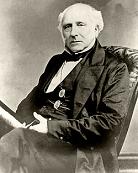


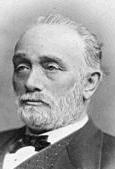






















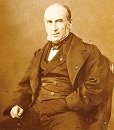
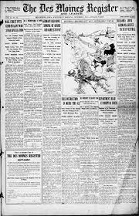
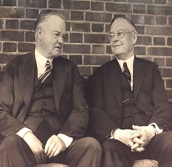
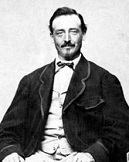
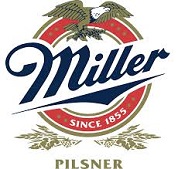





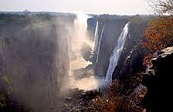
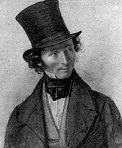
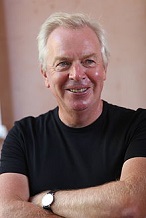
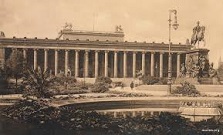

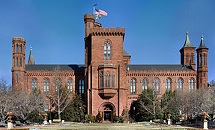
1855 The 1855 U.S. Yellow Fever Epidemic begins after a steamship from the West Indies docks at Norfolk, Va. and mosquitoes in its cisterns begin to spread the disease; the city quickly empties, and a third of the remaining pop. dies. Castle Garden (AKA Castle Clinton or Ft. Clinton) in Battery Park on the S tip of Manhattan in New York City opens as the first U.S. immigration station, processing 8M immigrants by the time it closes in 1890. On Jan. 30 despite the queen's opposition, the suffering of the British soldiers in the Russian winter causes the fall of British PM (since Dec. 19, 1852) George Hamilton-Gordon, 4th Earl of Aberdeen and his cabinet, and on Feb. 6 Henry John Temple, 3rd Viscount Palmerston (1784-1865) (AKA Lord Palmerston), who got Britain into the Crimean War and now rides the wave becomes PM at the head of an all-Whig cabinet (until Feb. 19, 1858); too bad, he vacillates between Whig and Tory sentiments, making party loyalties ever-shaky? In Jan. Egypt abolishes the Muslim jizya (poll tax) on non-Muslims, and begins promulgating a new penal code. On Feb. 7 the Treaty of Shimoda, negotiated by Russian adm. Yevfimy Putyatin and Toshiakira Kawaji (1801-68) of Japan begins their official commercial relationship. On Feb. 12 Mich. State U. (originally the Agricultural College of the State of Mich. until 1861, then State Agricultural College until 1909, then Mich. Agricultural College until 1925, then Mich. State College of Agriculture and Applied Science until 1955, then Mich. State U. of Agriculture and Applied Science until 1964) is founded in East Lansing, Mich., opening for classes on May 13, 1857 with five faculty and 63 students, becoming the first U.S. land grant univ. under the 1862 U.S. Morrill Act, and one of the first to teach scientific agriculture; in 1870 it goes coed; in 1899 it admits its first black student, William O. Thompson, followed in 1903 by the first female black student, Myrtle Craig; sports teams are called the Spartans. On Feb. 15 four of the seven Cunard steamships are sent by the British govt. to aid in the blockade of Sebastopol. On Feb. 17 tsar (since Dec. 1, 1825) Nicholas I (b. 1796) receives news of the Russian D at the Battle of Evpatoria (Yevpatoria) in the Crimea, and poisons himself, dying in the Winter Palace in St. Petersburg (of pneumonia?) on Mar. 2 (Feb. 18 Old Style), and his eldest son Alexander II (1818-81) succeeds him as Russian Romanov tsar #16 (until Mar. 13, 1881), continuing Russia's war policy and liberating the serfs in 1861, gaining the name Alexander the Liberator; on Mar. 15 a peace conference in Vienna fails. On Feb. 22 Penn. State U. (originally Farmers' H.S. of Penn. until 1862, then Agricultural College of Penn., and Penn. State College in 1874-1953) is founded in State College, Penn. by the Mass. legislature; the football team is called the Nittany ("single mountain") Lions. On Mar. 3 the Government Hospital for the Insane (later St. Elizabeths Hospital) is established in Washington, D.C. by the U.S. Dept. of the Interior. On Mar. 3 after a newspaper article by Gen. Edward Fitzgerald "Ned" Beale (1822-93), who got the idea while exploring Death Valley with Kit Carson, causing U.S. war secy. Jefferson Davis to send a ship under Capt. David Dixon Porter to Tunis to purchase a herd, the U.S. Congress founds the U.S. Camel Corps, which next summer ships some camels to Camp Verde, Tex. On Mar. 12 Nicaraguan pres. (since 1854) Fruto Chamorro Perez (b. 1804), having stopped the Liberal revolt dies of dysentery, then in June a small mercenary army led by (guess who?) William Walker, hired by the Liberals to overthrow Vanderbilt's conservative govt. invades Nicaragua, captures Granada, and declares Walker pres. next year. On Mar. 30 Britain and Afghanistan join against Persia in the Treaty of Peshawar, confirming British annexation of Peshwar and the Punjab, and causing Dost Mohammed to renounce expansion into British India. In spring Lecompton, Kan. (founded 1854) (original name Bald Eagle) on the S bank of the Kansas River becomes capitol of the Kansas Territory, coming under control of pro-slavery settlers. On Apr. 21 the first railroad train crosses the Mississippi River on the Rock Island to Davenport Line. In Apr. 29 mi. of track are laid from Balaklava to Sevastopol, allowing the British and French armies to be resupplied, and the hardy British railroad builders become the real heroes of the Crimean War?; an electric telegraph is built between Balaklava and London. On May 15-Nov. 15 the first Exposition Universelle (World's Fair) is held in Paris, organized by Pierre Guillaume Frederic le Play (1806-82), and attracting 5M visitors, incl. Queen Victoria; it creates the 1855 Bordeaux Wine Official Classification, assigning the classification of premier cru (first growth) to Chateau Latour, Chateau Lafite Rothschild, Chateau Margaux, and Chateau Haut-Brion, all located in Medoc except Haut-Brion, which is in Graves; the Manny Reaper beats the McCormick Reaper, causing Cyrus McCormick to sue for patent infringement, hiring atty. Reverdy Johnson, while John H. Manny hires George Harding, Edwin M. Stanton, and young Abraham Lincoln, who ends up being told to sit in the audience because he looks like a "long-armed baboon" and dirty clothes, humiliating him, but forcing him to become a better lawyer?; Manny wins. On June 2 the Portland Rum (Maine Law) Riot results after Quaker mayor Neal S. Dow breaks his own law by authorizing a shipment of alcohol, claiming medical use, causing the Irish pop. of the town to go nonlinear (since the 1851 prohibition law was obviously aimed at them all along?), and surround the bldg. where the spirits are stored, causing Dow to call out the militia, which fires into the crowd, killing one and wounding seven; Dow is later prosecuted for violating his own law, but acquitted, but his political career is kaput, and the Maine prohibition law is repealed in 1856. On June 14 Mormon missionaries arrive at the site of Las Vegas Springs in modern-day Las Vegas, Nevada ("the meadows") (modern-day pop. 2.2M/650K), and select the site of Old Mormon Fort, which protects the midpoint of the Mormon trail from Salt Lake City to Los Angeles from Indian attacks; it is abandoned in 1857. On June 18 the Battle of Sebastopol is a D for the British and French against the Russians, after which British gen. Lord Raglan dies on June 28 of dysentery. In the summer there is a heat wave in London that causes a cholera outbreak and raises such a stink that Parliament orders 80 mi. of sewers built, finally turning it into a modern city; the next hottest heat wave is in 2003. On Aug. 25 the Kan. Territorial Legislature creates the huge Arapahoe County covering the W part of Kan. Territory, named after the Arapaho Nation (until Jan. 29, 1861). On Sept. 8 the Battle of Malakov (Malakoff) Hill (Mound) (Barrow) is a V for the French under Gen. MacMahon; meanwhile the Battle of the Great Redan is a D for the British, but the Siege of Sebastopol (begun Oct. 17, 1854) is won by the Allies on Sept. 9, with a total of 102K Russian casualties vs. 10,240 French KIA, 20K dead of wounds, and 50K dead of disease, 2,050 Piedmontese killed, and 2,755 British KIA, 2,019 dead of wounds, and 16,323 dead of disease (total of 128,387 Allied deaths); French Gen. Pierre Francois Joseph Bosquet (1810-61) is severely wounded during the assault on Malakov, causing him to retire from the military, and next year he is appointed to the Senate and is made a marshal of France. On Sept. 18 after it goes looking for the 1845 Sir John Franklin Expedition in the Arctic in 1850 and ends up abandoned, the HMS Resolute is found by Am. whaler George Henry in an ice flow off Cape Walsingham in Baffin Island, and returned to Britain, after which Queen Victoria visits it and orders three desks to be made from some of its timbers; the Resolute Desk is presented by Queen Victoria in 1880 to U.S. Pres. Rutherford B. Hayes, who puts it in the White House, after which it is moved into the Oval Office in 1961 by First Lady Jackie Kennedy, then moved to the Smithsonian Inst. after JFK's 1963 assassination, and returned by Pres. Jimmy Carter; the Grinnell (Queen Victoria) Desk ends up in the New Bedford Whaling Museum in Mass.; the Queen Victoria Desk II ends up in the Royal Naval Museum in Portsmouth, England. In Sept. renewed British and French assaults, assisted by Italian troops cause the Russians to abandon Sebastopol after a 11-mo. siege. On Oct. 6 the Battle of Masaguara in Honduras sees Guatemalan-backed gen. Jose Lopez defeat the army of Honduran pres. Jose Trinidad Cabanas, who flees to El Salvador, causing vice-pres. Jose Santiago Bueso to become pres. on Oct. 18-Nov. 8, followed by Francisco de Aguilar (until Feb. 17, 1856). In Oct. Chinese pirates near Kulau attack British and U.S. boats, making big headlines in the U.S. Peru abolishes slavery, leaving the "peculiar institution" only in the U.S., Brazil, Cuba, Puerto Rico, Dutch Guiana, and the Dutch West Indies. Commodore Perry returns to the U.S., and New York City merchant and former board of ed. pres. (1846-7) Townsend Harris (1804-78) is appointed the first U.S. consul-gen. to Japan. In Nov. David Livingstone becomes the first European to see the exciting Victoria Falls ("Mossioatunya" = "smoke that thunders") on the Zambezi River; he then travels to the mouth of the Zambezi River, then NE to Quelimane on the coast next year, becoming the first European to cross Africa, and finally sails for England - to get the Victorians excited? On Nov. 21 the Wakarusa War in Kansas Territory (ends Dec.) begins when pro-slavery settler Franklin N. Coleman kills free-stater settler Charles Dow, causing a 1.5K-man army from Mo. under Douglas County, Kan. sheriff Samuel J. Jones to break into the U.S. arsenal in Liberty, Mo. then siege Lawrence, Kan., which is defended by free-state settlers under John Brown and James Lane, until a peace treaty is signed before an attack can be made; Topeka mayor Cyrus K. Holliday is given the honorary title of col. for leading a regiment of free-staters, after which Topeka is named the new state capital after statehood in 1861; the only person KIA is free-stater Thomas Barber, who becomes the subject of a poem by John Greenleaf Whittier titled Burial of Barber; "That the State whose walls we lay,/ In our blood and tears, to-day,/ Shall be free from bonds of shame,/ And our goodly land untrod/ By the feet of Slavery, shod/ With cursing as with flame!" On Dec. 11 after Benito Juarez returns from exile in New Orleans and joins him in a revolt against Santa Anna, Ignacio Gregorio Comonfort de los Rios (1812-63) becomes pres. #25 of Mexico (until Dec. 17, 1857), and Juarez becomes minister of justice, instituting reforms while drafting a new constitution. After a group of U.S. Army engineers destroy property in SW Fla. on a surveying expedition (accidentally on purpose?), Seminole Chief Billy Bowlegs begins the Third Seminole War (ends 1858), evading the palefaces and engaging in guerrilla warfare. The Yakima (Yakama) War begins in the NW U.S. (ends 1858). Ramon Castilla is reelected pres. of Peru (until 1862). The Blancos and Colorados go at it again in sheep-raising Uruguay. Abraham Lincoln is an unsuccessful candidate for senator from Ill. London alderman (since 1847) Sir David Salomons, 1st Baronet (1797-1873), first Jewish sheriff of the city of London becomes the first Jewish lord mayor of London, England, later the first Jewish magistrate. Penn.-Ohio surveyer, tanner, and sheep-raiser John Brown (1800-59) moves from North Elba, N.Y. to Kansas, and soon becomes a leading figure in the violent conflict between free-state and pro-slavery settlers in Bleeding Kansas. The term "fiasco" (from Fr. "fiare fiasco" = turn out a failure, which derives from It. "far fiasco" = make a bottle) is coined for failed theatrical performances; by 1862 it is used for non-theatrical disasters also. P.T. Barnum, known for the saying "there's a sucker born every minute" proves himself a you know what by losing $500K in the Jerome Clock Co. Swindle, causing him to file for bankruptcy and contemplate suicide. French-born Am. anthropologist Paul Belloni Du Chaillu (1835-1903) begins an expedition to C Africa sponsored by the Philly Academy of Natural Sciences, returning in 1859 with unknown birds and animals, incl. the first gorillas seen in the U.S. The Warmspring combo Shahaptian tribe is combined with the Wasco tribe on the 1M sq. mi. Warm Springs Reservation in NC Ore.; the 271 sq. mi. Umatilla Reservation in NE Ore. combines the Umatilla, Cayuse, and Wallawalla Shahaptian tribes. The port city of Hoboken, N.J. ("place of the tobacco pipe") (modern-day pop. 50K) across the Hudson River from New York City is incorporated on Mar. 28. The city of Bytown in Canada is renamed Ottawa, while Toronto becomes the capital of Canada again (until 1858). The city of Managua on Lake Managua is founded as the capital of Nicaragua to end a feud (modern-day pop. 1.4M/1M). The city of Minneapolis, Minn. (modern-day pop. 3.6M/382K) on the W bank of the Mississipi River opposite St. Anthony Falls near Ft. Snelling (built 1819) is founded by Scandinavian immigrants from land stolen, er, purchased from 21 Dakota Sioux, incl. Taoyateduta (Little Crow) (1810-63); it is incorporated in 1867 as rail service begins with Chicago. The city of Pretoria in Transvaal (later Gauteng), South Africa (modern-day pop. 740K/2.9M)), named after recently-deceased Boer Great Trek leader Andries Wilhelmus Jacobus Pretorius (1798-1853) is founded by his son Marthinus Wessel (Wessels) Pretorius (1819-1901); in 1860 it becomes the capital of Transvaal; in 2005 it is renamed Tshwane over the objections of whites. The city of Battle Ground, Wash. near Ft. Vancouver (modern-day pop. 17K) is founded near where escaped Klickitat chief Umtuch (Umtux) is accidentally killed while being apprehended by post cmdr. capt. William Strong, who lets his tribe bury them before voluntarily returning without a battle, pissing-off the local settlers, who call him a whimp and award him a petticoat; it is incorporated on June 18, 1951. Mich. and Penn. establish land-grant agricultural and mechanical colleges, which later become Michigan State U. in East Lansing, Mich., home of the Spartans, and Penn. State U. in University Park, Penn., home of the Nittany ("single mountain") Lions; on Aug. 29, 1896 the town of State College, Penn. (modern-day pop. 42K) is incorporated. Bates College in Lewiston, Maine is founded on Mar. 16 by abolitionists. Butler U. in Indianapolis, Ind. is founded by abolitionist Christian (Disciples of Christ) atty. Ovid Butler (1801-81); in 1924 the dept. of religion splits off. Edinburgh U. creates a professorship of technology - safe for Scotty? The Swiss Federal Inst. of Technology (ETH Zurich) in Zurich, Switzerland opens, doing a balancing act with the different languages and religions to advance industry. The Des Moines Register (originally the "Iowa Citizen") begins pub., becoming the "Iowa State Register" in 1860; in 1902 it merges with the Des Moines Leader, becoming the Des Moines Register and Leader; in 1903 it is purchased by Des Moines banker and Repub. politician Gardner Cowles Sr. (1861-1946), who renames it "The Des Moines Register" in 1915 after acquiring the evening Des Moines Tribune in 1908, which he merges with the Des Moines News in 1924 and Des Moines Capital in 1927, ceasing pub. on Sept. 25, 1982; in 1943 the Register becomes the first newspaper to sponsor a statewide opinion poll, the Iowa Poll; on Aug. 26, 1973 it sponsors the first non-competitive Register's Annual Great Bicycle Ride Across Iowa (RAGBRAI), becoming the largest bike touring event on Earth. Richard Wagner conducts a series of orchestral concerts in London. British historian Philip Henry Stanhope, 5th Earl Stanhope (1805-75) founds the Stanhope Essay Prize at Balliol College, Oxford U. Frank Leslie's Illustrated Newspaper, founded by English-born Frank Leslie (1821-80), chief engraver for P.T. Barnum begins pub. (until 1922), using wood block engravings to create the prototype of photojournalism, later capturing the key events of the U.S. Civil War. German-born optician John Jacob Bausch (1830-1926) of Rochester, N.Y. and German-born salesman friend Henry Lomb (1828-1908) found Bausch & Lomb, and get lucky when Bausch finds a piece of Vulcanite rubber on a New York City street and figures out how to make eyeglass frames from it, beating gold and horn pricewise, going on to build the first spectacle-making machine in the U.S. in 1860. The London Daily Telegraph begins pub., reaching a circ. of 240K by 1877, becoming the world's highest-circulation newspaper. Christopher Henry Miller and Augustus Elmer found Elmer Chocolate Co. in New Orleans, La., going on to produce Heavenly Hash Eggs (1923) and Gold Brick Eggs (1936). Miller Brewing Co. is founded in the Miller Valley in Milwaukee, Wisc. by Riedlingen, Germany-born Frederick Edward John Miller (1824-88) from the purchase of the Plank Road Brewery; in 1903 it introduces highly-carbonated Miller High Life, sold in small champagne bottles, with the ad slogan "The Champagne of Beers", and a Girl in the Moon logo that is alleged based on Miller's granddaughter; in 1966 it is acquired by W.R. Grace and Co., which in 1969 is acquired by Philip Morris fo $130M; in 2002 Miller is acquired by South African Breweries (SAB) for $5.6B; in 2007 SABMiller and Molson Coors combine to form MillerCoors. Architecture: On Mar. 18 the Niagara Falls Suspension Bridge (begun 1848) opens, becoming the world's first working railway suspension bridge, connecting Niagara Falls, Ont., Canada with Niagara Falls, N.Y.; the Maid of the Mist tour boat starting and ending on the U.S. side (founded 1846) starts near the Rainbow Bridge, sails past American Falls and Bridal Veil Falls and into Horseshoe (Canadian) Falls; in 1897 it is replaced by the Whirlpool Rapids Bridge. On July 5 the Theatre des Bouffes Parisiens at 4 Rue Monsigny in Paris opens with the musical operetta "Les Deux Aveugles" by German-born Jewish former cellist Jacques Offenbach (1819-80), moving on Dec. 29, 1856 to the location of the Theatre Conte, with Offenbach coining the term "opera bouffe" to describe his works, which are full of comedy, parody, satire and farce. The Royal Victoria Dock on the Thames River is completed. A statue of St. Francis is put on the Charles Bridge in Prague. The Bavarian Nat. Museum in Berlin is founded by Maximilian II. The New Museum (Neues Museum) in Berlin, Prussia (begun 1843) is finished, designed by Friedrich August Stueler (Stüler) (1800-65), located N of the Old Museum (Altes Museum) on Museum Island, going on to house an Egyptian collection; too bad, it is bombed-out during WWII, and doesn't reopen until Oct. 2009 after being overseen by English architect Sir David Alan Chipperfield (1953-). The Romanesque Gothic Revival red sandstone Smithsonian Inst. Bldg. (AKA the Castle) in Washington, D.C. (begun in 1847) is completed, designed by Bloomingdale, Manhattan, N.Y.-born James Renwick Jr. (1818-95). Inventions: George Audemars receives the first patent for an artificial silk derived from mulberry bark. Anders Larsen Bakke (1815-99) of Vale, Norway (50 mi. S of Oslo) begins producing Jarlsberg Cheese, a copy of the classic Swiss Emmentaler with a slightly sweet flavor, making it better for snacking. Sir Sir Henry Bessemer (1813-98) of England patents the Bessemer Process for mass production of steel by blasting air through molten pig iron in a large Bessemer container to burn away carbon and other impurities, causing English steel production to zoom, and bringing him total royalties of over £1M, plus all the perks, incl. a knighthood; he even begins manufacturing steel strings for pianos. German chemist Robert Wilhelm Eberhard Bunsen (1811-99) invents the gas Bunsen Burner, and magnanimously refuses to file a patent application; actually technician Peter Desaga invents it but he takes the credit? Spirit genocide, or This is how a heart breaks? English-born Dr. Isaiah Deck of New York City proposes using recycled Egyptian mummies for newspaper; in 1860 Augustus Stanwood of Gardiner, Maine uses them to manufacture heavy brown wrapping paper for meat; they are also used to fuel railroad engines - Denial is a river in Egypt? German physicist Johann Heinrich Wilhelm Geissler (1814-79) invents the sealed glass Geissler Tube, which emits a bluish glow when excited by an induction coil, becoming the ancestor of the fluorescent lamp. British-born Ky. music prof. David Edward Hughes (1831-1900) invents the printing telegraph, which is adopted by Western Union and becomes an internat. standard. Franz Koller (Köller) of Austria patents tungsten steel. R.S. Lawrence of Vt. invents the turret lathe. Johan Edvard Lundstrom of Sweden invents the safety match. Lewis Miller (1829-99) patents the first Combine, which he calls the Buckeye Mower and Reaper, putting the the blade in front of the horses and incl. a mechanical arm to lift bound sheaves into a wagon. Science: Pure cystalline Cocaine is extracted from perishable cocoa beans by German chemist Friedrich Gaedcke (1828-90); he calls it erythroxyline. Nonfiction: Alexander Bain (1818-1903), Senses and Intellects; founds modern psychology. John Bartlett (1820-1905), Bartlett's Familiar Quotations; to show "the obligations our language owes to various authors for numerous phrases and familiar quotations which have become 'household words'"; based mainly on the King James Bible and the works of Shakespeare, which came out within a decade or so of each other. Ioan Bratianu (1822-91), Memoir sur l'Empire d'Autriche dans la Question d'Orient Ludwig Buchner (1824-99), Kraft und Stoff: Empirisch-naturphilosophische Studien (Force and Matter: Empiricophilosophical Studies); his magnum opus; attempts to prove the indestructibility of matter and the finality of physical force; too bad, its extreme materialism pisses-off critics so much that he has to resign from his position at the U. of Tubingen, becoming a physician and founding the German Freethinkers League in Frankfurt in 1881. Jacob Burckhardt (1818-97), Cicerone; art history. Sir Richard Francis Burton (1821-90), A Pilgrimage to Mecca. Auguste Comte (1798-1857), Appel aux Conservateurs; La Synthese Subjective d'Auguste Comte. Sir Edward Shepherd Creasy (1812-78), The Rise and Progress of the English Constitution (17th ed. 1886), Charles Henry Davis (1807-77), American Ephemeris and Nautical Almanac; issued by the U.S. Naval Observatory. Frederick Douglass (1818-95), My Bondage, My Freedom. Johann Gustav Droysen (1808-84), History of Prussian Policy (1855-86). Auguste Gratry, Connaissance de Dieu. Achille Guillard, Elements de Statistique Humaine ou Demographie Comparee; coins the term "demography", the science concerned with the social well-being of the people - people reduced to statistics then to theories? William Joseph Hardee (1815-73), Rifle and Light Infantry Tactics; becomes required reading for Union and Confed. officers. Hinton Rowan Helper (1829-1909), The Land of Gold; a Southern slaveholder moves to Calif. and finds life in a free state to be superior. Jakob Henle (1809-85), Handbook of Systematic Human Anatomy (1855-73); becomes std. reference, first describing the Loop of Henle in the kidney and other choice features. Arsene Houssaye (1815-96), Histoire du Quarante et Unieme Fauteuil de l'Academie Francaise. Leigh Hunt (1784-1859), The Old Court Suburb (2 vols.); sketch of Kensington, London. Benjamin Jowett (1817-93), Epistles of St. Paul; arouses controversy with its liberal interpretations. Edouard Rene Lefevre de Laboulaye (1811-83), Political History of the United States (3 vols.) (1855-66). Eliphas Levi (1810-75), Dogma de la Haute Magie; (Dogma of Transcendental Magic); followed next year by Ritual de la Haute Magie; combined ed. pub. in 1896; expounds a magic system using Tarot cards that becomes popular with the Hermetic Order of the Golden Dawn and Aleister Crowley; contains a famous drawing of Baphomet, with naked human breasts; Arthur Edward Waite of England pub. an English trans. in 1910 titled Transcendental Magic: Its Doctrine and Ritual; "Behind the veil of all the hieratic and mystical allegories of ancient doctrines, behind the darkness and strange ordeals of all initiations, under the seal of all sacred writings, in the ruins of Nineveh or Thebes, on the crumbling stones of old temples and on the blackened visage of the Assyrian or Egyptian sphinx, in the monstrous or marvelous paintings which interpret to the faithful of India the inspired pages of the Vedas, in the cryptic emblems of our old books on alchemy, in the ceremonies practised at reception by all secret societies, there are found indications of a doctrine which is everywhere the same and everywhere carefully concealed." (intro. to 2nd ed.) Matthew Fontaine Maury (1806-73), The Physical Geography of the Sea; first textbook of modern oceanography, causing him to become known as "the Father of Modern Oceanography and Naval Meteorology", "Pathfinder of the Seas", and "Scientist of the Seas". Jules Michelet (1798-1874), Histoire de France (History of France) (19 vols.); his magnum opus; covers from the birth of France to the French Rev., giving the first vivid account of the Middle Ages, applying liberal principles, concentrating on ordinary people instead of leaders and institutions; coins the term "Renaissance" (rebirth) to represent a drastic break with the Middle Ages, which he disses as a fossilized culture, trying to explain how it was overcome; promotes the "la longue duree" view of French history later adopted by the Annales School; breaks history down into three themes: Maleficent (Dry, Empty, Turgid, Indeterminate), Beneficent, and Paired (Grace and Justice, Union and Unity); the two chapters on Joan of Arc are printed separately, becoming known as the French nat. Bible, with him becoming known as the French nat. historian. Charles Henry Miller (1842-1922), The Philosophy of Art in America; pub. under pen name Carl De Muldor. Henry Milman, History of Latin Christianity. Benjamin Peirce (1809-80), Physical and Celestial Mathematics. Pierre Guillaume Frederic le Play (1806-82), Les Ouvriers Europeens; 36 monograms based on his observations of 300 influential royal families during his travels in 1829; his exhaustive observations spawn the method of case study, esp. when scientists try to work out his bugs. William Hickling Prescott (1796-1859), The History of the Reign of Philip the Second, King of Spain (4 vols.) (1855-8) (unfinished). George Sand (1804-76), The Story of My Life (1854-5) (autobio.). Herbert Spencer (1820-1903), Principles of Psychology. David Friedrich Strauss (1808-74), Nikodemus Frischlin. Bayard Taylor (1825-78), A Visit to India, China and Japan in the Year 1853. Leo Tolstoy (1828-1910), Sevastopol Sketches (1855-6); Sept. 1854-Sept. 1855. Music: Hector Berlioz (1803-69), Te Deum (Paris) (composed 1849). Stephen Foster (1826-64), Come Where My Love Lies Dreaming. Charles Gounod (1818-93), Le Medecin Malgre Lui (opera); his first success. Jacques Fromental Halevy (1799-1862), Jaguarita l'Indienne (opera); L'Inconsolable (opera). Jacques Offenbach (1819-80), Les Deux Aveugles (The Two Blind Men) (operetta) (July 5) (Theatre des Bouffes-Parisiens, Paris); Ba-Ta-Clan (operetta). George Petrie (1790-1866) (ed.), The Ancient Music of Ireland; incl. The Londonderry Air; original title "Farewell to Cuchulain". Giuseppe Verdi (1813-1901), Les Vepres (Vêpres) Siciliennes (The Sicilian Vespers) (opera) (June 13) (Paris Opera); based on the 1282 Sicilian Vespers; French libretto by Charles Duveyrier and Eugene Scribe. Art: Gustave Courbet (1819-77), Pavillon du Realisme (Réalisme) (Paris World Fair). Thomas Couture (1815-79), Day Dreams. Charles-Francois Daubigny (1817-78), The Lock at Optevos. Jean-Leon Gerome (1824-1904), The Age of Augustus and the Birth of Christ. George Inness (1825-94), The Lackawanna Valley. Jean-Louis Ernest Meissonier (1815-91), The Gamblers; The Quarrel (La Rixe) (presented by Napoleon III to the British court). Plays: George Henry Boker (1823-90), Francesca da Rimini. Alexandre Dumas fils (1824-95), Le Demi-Monde. Poetry: Thomas Bailey Aldrich (1836-1907), The Bells (debut). Robert Browning (1812-89), Men and women; sells poorly although it is later lauded by critics; incl. Love Among the Ruins. Leigh Hunt (1784-1859), Stories in Verse. Adolf Kussmaul (1822-1902) and Ludwig Eichrodt (1827-92), Biedermeier Poems; by fictitious author Gottlieb Biedermeier, satirizing German bourgeois tastes. Henry Wadsworth Longfellow (1807-82), The Song of Hiawatha (of the Chippewas) (Nov. 10); bestseller (50K copies); set at the Pictured Rocks on the S shore of Lake Superior; Hiawatha and his lover Minnehaha; Hiawatha's mother Wenonah and grandmother Nokomis; "the Priest of Prayer, the Pale-face" AKA the "Black-Robe chief" converts him to Christianity; "By the shores of Gitche Gumee,/ By the shining Big-Sea-Water,/ Stood the wigwam of Nokomis,/ Daughter of the moon, Nokomis.../ There the wrinkled old Nokomis/ Nursed the little Hiawatha." George Meredith (1828-1909), The Shaving of Shagpat. Alfred, Lord Tennyson (1809-92), Maud: A Monodrama; a man gets even with a squire who ruined his family, killed his brother in a duel, and fled the country by seducing his daughter; "Come into the garden, Maud,/ For the black bat, Night, has flown". Walt Whitman (1819-92), Leaves of Grass; 12 poems, growing to 32 in the 2nd. 1856 ed. and almost 400 in the 6th and final 1892 ed.; "grass" is slang for works of minor value, and "leaves" is slang for the pages they're printed on; self-pub. after struggling for years of rejection by commercial publishers; he began to get discouraged until he received a note from Ralph Waldo Emerson reading: "Dear sir, I am not blind to the worth of the wonderful gift of Leaves of Grass. I find it the most extraordinary piece of wit and wisdom that America has yet contributed. I greet you at the beginning of a great career"; Emerson suggests that he omit some overtly sexual passages, but he declines; "I was simmering, simmering, simmering; Emerson brought me to a boil"; incl. Song of Myself ("The Modern Man I sing"; "For every atom belonging to me as good belongs to you") ("I am large, I contain multitudes"), O Captain! My Captain! (about his hero Abraham Lincoln) ("Now, voyager, sail thou forth to seek and find"), Out of the Cradle Endlessly Rocking, Passage to India, Children of Adam, Calamus, When Lilacs Last in the Dooryard Bloom'd. Novels: Edmond About (1828-85), Tolla Feraldi(2 vols.) (first novel); first appeared in "Revue des Deux Mondes"; Les Mariages de Paris (short stories); first pub. in the "Moniteur"; gets his lit. career off to a fast start. Jules Amedee Barbey d'Aurevilly (1808-89), The Bewitched (L'Ensorcelée); a royalist rising among the Norman peasants against the French First Repub. Charles Dickens (1812-70), Little Dorritt (1855-7) (900 pages); his most popular novel; 1820s seamstress Little Amy Dorritt (based on his ex-girlfriend Maria Beadnell) helps her dad escape Marshalsea Prison in Southwark, London after 20 years (where Dickens' dad was sent in 1824 for a debt of 40 pounds and 10 shillings) after getting her friend Arthur Clemain to settle the debt for 20 pounds; "It is gone now, and the world is none the worse without it"; Barnacle Junior of the Circumlocution Office ("Upon my soul, you mustn't come into the place saying you want to know, you know"). Gustav Freytag (1816-95), Soll und Haben. Margaret Oliphant (1828-97), Lilliesleaf. Charles Godfrey Leland (1824-1903), Meister Karl's Sketch-book. Otto Ludwig (1813-65), Between Earth and Sky (Zwischen Himmel und Erde); his masterpiece? Herman Melville (1819-91), The Paradise of Bachelors and the Tartarus of Maids; Israel Potter: His Fifty Years of Exile. Anthony Trollope (1815-82), The Warden; first in the "Chronicles of Barsetshire" (6 vols.) (1855-67). Ivan Turgenev (1818-83), Rudin; another superfluous man. Births: Am. safety razor king (Utopian Socialist) King Camp Gillette (d. 1932) on Jan. 5 in Fond du Lac, Wisc. English cricketer Lyndhurst Winslow (d. 1915) on Jan. 10 in Leamington, Warwickshire; father of Charles Lyndhurst Winslow (1888-1963). French actor ("the Handsomest Man in Europe") ("Diplomat Apollo") Jacques Damala (Aristides Damalas) (d. 1889) on Jan. 15 in Piraeus, Greece; born to a wealthy aristocratic family; husband (1882-9) of Sarah Bernhardt (1844-1923). French Romantic "Poeme de l'Amour et de la Mer" composer Ernest Chausson (d. 1899) on Jan. 20 in Paris. Am. firearms designer (Mormon) John Moses Browning (d. 1926) on Jan. 23 (Jan. 21?) in Ogden, Utah; his first of 128 gun patents is granted on Oct. 7, 1879. German gonorrhea physician-bacteriologist (Jewish) Albert Ludwig Sigesmund Neisser (d. 1916) on Jan. 22 in Schweidnitz (Swidnica). English Ley Lines archeologist Alfred Watkins (d. 1935) on Jan. 27 in Hereford. Am. inventor (Burroughs Corp. founder) William Seward Burroughs Sr. (d. 1898) on Jan. 28 in Rochester, N.Y.; grandfather of William S. Burroughs (1914-97); great-grandfather of William S. Burroughs Jr. (1947-81). Am. Carnegie Hall architect William Burnet Tutill (d. 1929) on Feb. 11 in Hoboken, N.J.; educated at CCNY. Am. actor (Jewish) Jacob (Yankev) Pavlovitch Adler (d. 1926) on Feb. 12 in Odessa, Ukraine; emigrates to the U.S. in 1889. Portuguese PM #48 (1906-08) Joao Franco Ferreira Pinto Castelo-Branco (d. 1929) on Feb. 14 in Alcaide, Fundao. Am. Hawaiian rev. leader ("the Iron Duke of Hawaii") Robert William Kalanihiapo Wilcox (d. 1903) on Feb. 15 in Maui, Hawaii; Am. father, Hawaiian mother; educated at the Royal Military Academy of Turin. German gen. Otto Liman von Sanders (d. 1929) on Feb. 17 in Stolp, Pomerania, Prussia. French writer-diplomat (French ambassador to the U.S. in WWI) Jean Adrien Antoine Jules Jusserand (d. 1932) on Feb. 18 in Lyon; educated at the U. of Lyon. Am. Sanskrit philologist Maurice Bloomfield (d. 1928) on Feb. 23 in Bielitz, Austrian Silesia; emigrates to the U.S. in 1867; educated at Yale U., and Johns Hopkins U. Am. Martian canals astronomer Percival Lawrence Lowell (d. 1916)) on Mar. 13 in Boston, Mass.; brother of poet Amy Lowell (1874-1925) and educator Abbott Lowell (1856-1943); educated at Harvard U. - that's pretty low of the parents to inflict them with the names Percy, Amy, and Abbott? Belgian ambassador-historian Baron Napoleon-Eugene Beyens (d. 1934) on Mar. 24 in Paris. Am. financier-philanthropist, U.S. treasury secy. #49 (1921-32), and ambassador Andrew William Mellon (d. 1937) on Mar. 24 in Pittsburgh, Penn.; Scots-Irish immigrant parents; founder of Donora, Penn., the Mellon Nat. Bank, and the Nat. Gallery of Art. South African "The Story of an African Farm" pacifist novelist Olive Emilie Albertina Schreiner (d. 1920) on Mar. 24 in Basutoland, Eastern Cape; daughter of a Lutheran clergyman. Am. painter William Gilbert Gaul (d. 1919) on Mar. 31 in Jersey City, N.J. Am. mining engineer-diplomat John Hays Hammond Sr. (d. 1936) on Mar. 31 in San Francisco, Calif; educated at Yale U., and the Royal School of Mines in Freiburg; father of John Hays Hammond Jr. (1888-1965). Am. writer (feminist) (Roman Catholic) ("Our dean of essayists" = Edward Wagenknecht) Agnes Repplier (d. 1950) on Apr. 1 in Philadelphia, Penn. Am. Imperial historian Herbert Levi Osgood (d. 1918) on Apr. 9 in Canton, Maine; educated at Amherst College, and Columbia U. German cultural critic and writer Ernst von Wolzogen (d. 1934) on Apr. 23. Irish "Molly Bawn" Romantic novelist Margaret Wolfe Hungerford (nee Hamilton) (d. 1897) on Apr. 27 in County Cork. English Victorian New Age novelist Marie Corelli (Mary Mackay) (d. 1924) on May 1 in London; illegitimate daughter of Charles Mackay (1814-89) and his servant Elizabeth Mills. Austalian microbiologist Sir David Bruce (d. 1931) on May 2 in Melbourne. Am. poet-critic George Edward Woodberry (d. 1930) on May 12 in Beverly, Mass.; educated at Harvard U. Canadian businessman-diplomat (founder of Salada Tea Co.) and Canadian high commissioner to the U.K. (1922-30) Peter Charles Larkin (d. 1930) on May 14 in Montreal, Quebec. Am. "Pledge of Allegiance" Christian Socialist author (Freemason) Francis Julius Bellamy (d. 1931) on May 18 in Chicopee Falls, Mass.; cousin of Edward Bellamy (1850-98); great-grandson of Joseph Bellamy (1719-90). Belgian Symbolist poet-playwright Emile (Émile) Adolphe Gustave Verhaeren (d. 1916) on May 21 in Sint-Amands; educated at the U. of Leuven. English dramatist Sir Arthur Wing Pinero (d. 1934) on May 24 in London; becomes an actor from age 19-26, then switches to dramatist; knighted in 1909. Australian bushranger Edward "Ned" Kelly (d. 1880) on June 3 in Victoria; Irish convict father. U.S. Sen. (R-Wisc.) (1905-25) (Progressive Party leader) Robert Marion "Fighting Bob" La Follette Sr. (d. 1925) on June 14 in Primrose, Wisc.; father of Robert M. Follette Jr. (1895-1953). Am. gambling house owner Richard Albert Canfield (d. 1914) on June 28 in New Bedford, Mass.; namesake of Canfield Solitaire. Am. journalist (Dow Jones & Co. owner, 1903-28) Clarence W. Barron (d. 1928) on July 2 in Boston, Mass. German novelist-playwright Ludwig Ganghofer (d. 1920) on July 7 in Kaufbeuren. German "Gemeinschaft und Gesellschaft" sociologist Ferdinand Tonnies (Tönnies) (d. 1936) on July ? near Oldensworth (Eiderstedt, North Frisia). Am. economist Fred Manville Taylor (d. 1932) on July 11 in Northville, Mich.; educated at the U. of Mich. Swiss chocolatier Rodolphe (Rudolf) Lindt (d. 1909) on July 16 in Berne. Serbian Gen. Zivojin Misic (d. 1921) on July 19 in Struganik. Canadian prospector (founder of Dawson City) Joseph Francis "Joe" Ladue (d. 1901) on July 28 in Schuyler Falls, N.Y. Am. sculptor-illustrator-historian James Edward Kelly (d. 1933) on July 30 in New York City; known for his U.S. Civil War illustrations, and the Mounmouth, N.J. Battle Monument (1884), which features Thomas Alva Edison, since he was the only clean-shaven model available. Am. violinist-conductor Emil Mollenhauer (d. 1927) on Aug. 4 in New York City. Am. journalist-publisher-diplomat Walter Hines Page (d. 1918) on Aug. 15 in Cary, N.C.; partner of Frank Nelson Doubleday (1862-1934). Am. scholar-educator Barrett Wendell (d. 1921) on Aug. 23 in Boston, Mass.; educated at Harvard U. French "Monsier de Phocas" writer (gay) Jean Lorrain (Paul Duval) (d. 1906) on Aug. 29 in Fecamp. German adm. Hugo von Pohl (d. 1916) on Aug. 25 in Breslau. Am. Seattle Post Intelligencer publisher (1886-93) Leigh S.J. Hunt (d. 1933) on Aug. ? in Columbia City, Ind.; educated at Middlebury College; pres. #3 of Iowa State U. (1885-6). English film pioneer (inventor of cinematography?) William Friese-Greene (William Edward Green) (d. 1921) on Sept. 7 in Bristol; grandfather of Richard Greene (1918-85). English "The Foundations of the Nineteenth Century" Aryanism philosopher Houston Stewart Chamberlain (d. 1927) on Sept. 9 in Southsea; becomes a German citizen in 1916; son-in-law of Richard Wagner (1813-83). Am. oil explorer (discoverer of Spindletop) Anthony Francis Lucas (Antun Lucic) (d. 1921) on Sept. 9 in Split, Austria-Hungary (modern-day Croatia); educated at the Polytechnical Inst. of Graz; emigrates to the U.S. in 1879; becomes U.S. citizen on May 9, 1885. Am. civil engineer William Mulholland (d. 1935) on Sept. 11 in Belfast, Ireland; emigrates to the U.S. in 1874. Scottish "My heart is a lonely hunter" poet-writer William Sharp (d. 1905) (AKA Fiona MacLeod) on Sept. 12 in Paisley; educated at the U. of Glasgow. Dutch novelist-painter Jacobus van Looy (d. 1930) on Sept. 13 in Haarlem. Japanese statesman-diplomat Marquess Komura Jutaro (d. 1911) on Sept. 16 in Nichinan, Myazaki; educated at Harvard U.; created count in 1907 and marquess in 1911. Am. Morton Salt Co. founder Joy Morton (d. 1934) on Sept. 27 in Nebraska City, Neb.; son of Julius Sterling Morton (1832-1902). English historian-biographer Thomas Frederick Tout (d. 1929) on Sept. 28 in London; educated at Balliol College, Oxford U. English theater mgr.-producer (Roman Cathollc) George Joseph Edwardes (d. 1915) on Oct. 8 in Great Grimsby, Lincolnshire; Roman Catholic Irish immigrant parents; educated at the Royal Military Academy; collaborator of James T. Tanner (1858-1915). Am. "The Anatomy of Negation" writer Edgar Evertson Saltus (d. 1921) on Oct. 8 in New York City. Hungarian conductor Arthur Nikisch (d. 1922) on Oct. 12 in Lebeny Szentmiklos; Hungarian father, Moravian mother. Am. statesman-atty. and U.S. Repub. vice-pres. #27 (1909-12) James Schoolcraft Sherman (d. 1912) on Oct. 24 in Utica, N.Y.; educated at Hamilton College. Russian botanist Ivan V. Mitshurin (d. 1935) on Oct. 28; develops new fruit varieties. French meteorologist Leon Teisserenc de Bort (d. 1913) on Nov. 5 in Paris. Am. pacifist Socialist leader Eugene Victor Debs (d. 1926) on Nov. 5 in Terre Haute, Ind.; French immigrant parents; starts out as a locomotive boilerman. French meteorologist Leon (Léon) Philippe Teisserenc de Bort (d. 1913) on Nov. 5 in Paris. Am. Hall Effect physicist Edwin Herbert Hall (d. 1938) on Nov. 7 in Gorham, Maine; educated at Bowdoin College, and Johns Hopkins U. Greek PM #28 (1926-8) and pres. #2 (1929-35) Alexandros (Alexander) Zaimis (d. 1936) on Nov. 9 in Athens; educated at the U. of Athens, and U. of Heidelberg. French automobile manufacturer Pierre Alexandre Darracq (d. 1931) on Nov. 10 in Bordeaux; Basque parents. Italian PM #17 (1905) Tommaso Tittoni (d. 1931) on Nov. 16 in Rome. English London Times drama critic Arthur Bingham "A.B." Walkley (d. 1926) on Dec. 17 in Bedminster, Bristol; educated at Balliol and Corpus Christi Colleges, Oxford U. Uruguayan "Hymn to the Tree", "The Patriot Legend", "Tabare" poet Juan Zorrilla de San Martin (d. 1931) on Dec. 28 in Montevideo; grandfather of China Zorrilla (1922-). Am. bacteriologist William Thomas Sedgwick (d. 1921) on Dec. 29 in West Cartford, Conn.; educated at Yale U., and Johns Hopkins U. English artist Stanley Berkeley (d. 1909). English journalist (ed. #1 of "The Strand Mag.", 1891-1930) Herbert Greenhough Smith (d. 1935) in Stroud; educated at St. John's College, Cambridge U.; helps launch the career of Arthur Conan Doyle. English "The Development of the European Nations", "The Life of Napoleon I" historian John Holland Rose (d. 1942) in Bedford; educated at Owen's College, and Christ's College, Cambridge U. Am. Quaker Oats Co. founder Henry Parsons Crowell (d. 1944). Deaths: French painter Jean-Baptiste Isabey (b. 1767) on Apr. 18. German #1 mathematician Johann Carl Friedrich Gauss (b. 1777) on Feb. 23 in Gottingen. English Portland Cement inventor Joseph Aspdin (b. 1778) on Mar. 20 in Wakefield. French chemist Henri Braconnot (b. 1780) on Jan. 15 in Nancy. German mathematician August Leopold Crelle (b. 1780) on Oct. 6 in Berlin. Am. architect Robert Mills (b. 1781). French PM (1836-9, 1848) Louis-Mathieu Mole (b. 1781) on Nov. 23 in Seine-et-Oise (Val-d'Oise). English Kaspar Hauser case aristocrat Philip Henry Stanhope, 4th earl Stanhope (b. 1781) on Mar. 2. French vivisecting physiologist Francois Magendie (b. 1783) on Oct. 7. Am. warden Elam Lynds (b. 1784) in New York City. French sculptor Francois Rude (b. 1784) on Nov. 3 Russian statesman-writer S.S. Uvarov (b. 1786); namesake of emerald-green garnet uvarovite. English writer Mary Russell Mitford (b. 1787) on Jan. 10. Spanish pretender Don Carlos Isidro de Borbon (b. 1788) on Mar. 10 in Trieste, Italy. British Crimean War CIC Baron Raglan (b. 1788) on June 28 in Sebastopol (dysentery). Am. politician-jurist John Canfield Spencer (b. 1788) on May 18 in Albany, N.Y. English Arctic explorer rear adm. Sir William Edward Parry (b. 1790) on July 9. Am. politician-statesman Abbott Lawrence (b. 1792) on Aug. 18. Scottish writer William Hamilton Maxwell (b. 1792) on Dec. 29 in Musselburgh (near Edinburgh). Spanish pianist-composer Pedro Albeniz (b. 1795) on Apr. 12 in Madrid. Welsh poet Jeuan Glan Geirionydd (b. 1795). British Chartist leader Feargus O'Connor (b. 1796) on Aug. 30 in Notting Hill Gate, London. Russian tsar (1825-55) Nicholas I (b. 1796) on Mar. 2 (Feb. 18 Old Style) in the Winter Palace, St. Petersburg (pneumonia) (suicide?). German novelist Karl Spindler (b. 1796) on July 12 in Bad Freiersbach. Polish poet Adam Mickiewicz (b. 1798) on Nov. 26 in Constantinople (cholera); dies while organizing the Hussars of Israel, consisting of Russian and Palestinian Jews to fight in the Crimean War for Poland against Russia. Hungarian poet Mihaly Vorosmarty (b. 1800) on Nov. 19 in Pest; dies while translating Shakespeare into Hungarian; his funeral on Nov. 21 becomes a day of nat. mourning. Mexican pres-gen. Mariano Arista (b. 1802) on Aug. 7 in Lisbon, Portugal (in exile). Am. refrigerator inventor John Gorrie (b. 1802) on June 29 in Apalachicola, Fla.; dies broke. French mathematician Jacques Sturm (b. 1803) on Dec. 15. Danish innerly-suffering philosopher Soren Kierkegaard (b. 1813) on Nov. 11 in Copenhagen; collapses while trying to churn out chap. 10 of "The Moment", an attack on the Danish state church, then dies after spending 1 mo. in a hospital, refusing to receive communion; he is buried in Assistens Kirkegard in Copenhagen, causing his nephew Henrik Lund to disrupt the funeral to protest that he doesn't belong to the church anymore, drawing a fine; leaves 7K+ pages of journals, which take until 1938 to come out in an English trans.: "Truth is not introduced into the individual from without, but was within him all the time"; "What the age needs is not a genius - it has had geniuses enough - but a martyr, who in order to teach men to obey would himself be obedient unto death." English novelist Charlotte Bronte (b. 1816) on Mar. 31; the eldest of the three Bronte sisters wuthers last: "Better to be without logic than without feeling." German optician Carl Kellner (b. 1826) on May 13.
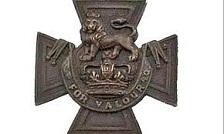









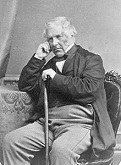


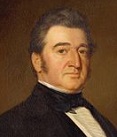
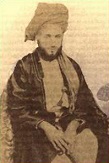










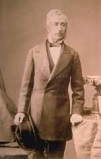









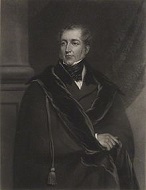












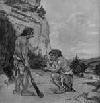
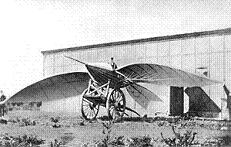
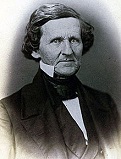
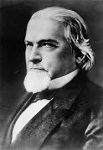
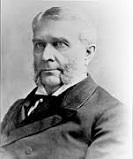
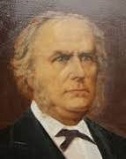
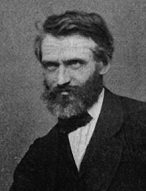
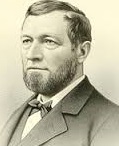
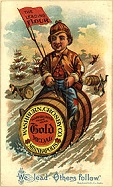
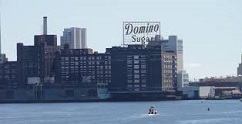
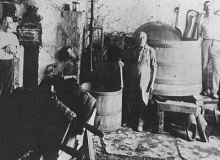
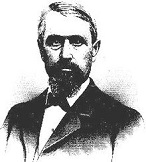
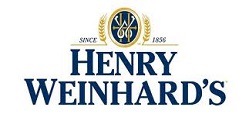
1856 Britain's self-importance as seat of white world supremacy presided over by a sexless white-on-white (wearing black to set off her whiteness) female George Washington finds its holy idol? On Jan. 29 Queen Victoria institutes the Victoria Cross, the highest British military decoration, given for deeds of exceptional valor in defending the British Empire from its enemies in action; the medals are in the form of a Maltese cross, with the royal crown in the center surmounted by a lion, with the words "For Valour" on a scroll below; the first ones are made out of captured gun metal from the Crimean War, later of bronze; holders of the cross get an annuity of £10, which can be increased to £50; prior to WWI the ribbon is red for the army and blue for the navy, then red for both branches. On Feb. 1 Auburn U. in Auburn, Ala. is founded as the East Ala. Male College, becoming the first Ala. public land grant univ. in 1872, going coed in 1892. On Feb. 17 Jose Santos Guardiola (1816-62) of Salvador invades Honduras with support from Guatemala and takes power as pres. and leader of the Conservative Party (until Jan. 11, 1862), then turns around and begins acting like a liberal, restoring civil liberties while cultivating good relations with the British. On Feb. 18 Ottoman Sultan Abdul Mejid I issues the Imperial Rescript, containing the germs of individual liberty and constitutional govt. in a Muslim nation; too bad in Feb. the Hamayouni (Hamayoni) Decree requires express permission from the sultan for Christians to construct a new church or even repair one; it is not repealed until ? - no way? On Feb. 28 Charles John Canning, 1st Earl Canning (1812-62) becomes gov.-gen. #21 of India (until Mar. 21, 1862), facing the 1857 Indian Rebellion, his leniency earning him the nickname "Clemency". On Mar. 24 the Treaty of Thapahali between Nepal and Tibet restores Taglakhar, Chewur Gumba, Kerong, Jhunga, Kuti and Dkhaling to Nepal, and withdraws Nepalese troops from the Tibetan side of the Bhairab Langur Mt. range, establishing a stable border. Yet another Treaty of Paris (last 1815)? On Mar. 30 the Treaty (Peace) of Paris ends the Crimean War (begun Oct. 1853) at the instigation of the French, despite the British public's desire to continue; Turkey and Russia mutually restore the war conquests; the independence of Turkey is guaranteed; Turkey guarantees protection of its Christian subjects; the Black Sea is neutralized (closed to warships and coastal fortifications); navigation of the Danube River is placed under control of an internat. commission; Moldavia, Wallachia, and Serbia are given internal autonomy under Turkish suzerainty; S Bessarabia is restored to Moldavia; Turin envoy Count Camillo Benso di Cavour pleads the cause of Italian unity, souring the good relations that had existed between Napoleon III and the pope; says one French diplomat, "There is nothing to show which is the conqueror and which the conquered"; one good thing, Russia, which loses its dominance in SE Europe, along with 600K lives, finally wakes up and decides to modernize, incl. freeing the serfs. If you can't fix it you gotta stand it? On Apr. 10 the 16-ton Big Ben Bell is cast at Warner's of Cripplegate on Stockton-on-Tees, and unofficially (not really, he's just tall?) named after Benjamin Hall, 1st Baron Llanover (1802-67), dir. of public works in 1836 (or heavyweight boxer Benjamin Caunt?); it is first mounted in New Palace Yard, then cracks, causing it to be recast at the Whitechapel Bell Foundry, coming in at 13.5 tons; Edmund Beckett Denison, 1st Baron Grimthorpe (1816-1905) designs the clock mechanism with a new double 3-legged gravity escapement, which is built by London-born watchmaker Edward John Dent (1790-1853), who died in 1853 before he could complete the project, which is finished by his adopted son Frederick Rippon Dent in 1854. On Apr. 16 the Paris Declaration Respecting Maritime Law abolishes nation-sponsored privateers, establishing maritime law among the major powers of Europe incl. the criteria for a legal blockade, becoming the first multilateral attempt to codify in peacetime rules which are applicable in the event of war; the signatories are bound only when at war with each other, leaving them free to use privateers when at war with other states; 55 nations ratify it incl. the U.K., France, U.S., Austria, Prussia, Russia, Sardinia, and the Ottoman Empire. On May 7 Isle of Wight-born Henry Sewell (1807-79) becomes PM #1 of New Zealand (unbil May 20. If only they had limited the fighting to this? On May 19-20 Dem. Mass. Sen. Charles Sumner (1811-74) delivers a fervent abolitionist speech in the Senate titled The Crime Against Kansas, railing against the Kansas-Nebraska Act and its authors, Sen. Stephen A. Douglas of Ill., and Dem. S.C. Sen. Andrew Pickens Butler (1796-1857), comparing Butler to Don Quixote and his mistress slavery to ugly Dulcinea, and getting personal (something about expectoration while speaking); on May 22 Dem. S.C. Rep. Preston Smith "Bully" Brooks (1819-57) (Butler's nephew) assaults Sumner in the Senate chamber with a light gutta-percha walking stick, beating him unconscious and permanently enfeebling him; Brooks gains fame throughout the South for his macho deed, and even though he resigns he is promptly reelected to the House, but dies next Jan. 27; Sumner is unable to resume his Senate seat for three years. On May 24-25 (night) after Lawrence, Kan. is sacked by pro-slavery forces, John Brown and his abolitionist free-staters (who are also pissed-off at the caning of Charles Sumner by Preston Brooks) kill five Kansas slavers in the Massacre of Pottawatomie Creek in Franklin County, Bleeding Kan. On May 29 the Ill. Repub. Party meets in Bloomington, Ill. (incorporated 1850), 58 mi. NE of Springfield, Ill. (in the corn belt on the edge of the coal fields), and Abraham Lincoln joins, delivers his famous Speech Against Slavery, gets over 100 votes for the vice-pres. nomination, and gives 50 speeches for the Fremont ticket. On June 2-5 the 1856 Dem. Nat. Convention in Cincinnati, Ohio (first nat. party nominating convention held outside the original 13 states) passes over bleeding boobs Pierce and Douglas for U.S. minister to Great Britain (Polk's secy. of state), angel-hair-eyes-skin bachelor James Buchanan of Penn., who has the angelic virtue of having been abroad when the Kan.-Neb. Act was passed, and therefore never "uttered a word which would pain the most sensitive Southern heart" (no wife to open her mouth and get him in trouble either?); Handsome Frank Pierce becomes the first sitting pres. to be passed over for renomination; the Dem. platform is in favor of the Kan.-Neb. Act as well as popular sovereignty; the Know-Nothing Party, which hopes to divert attention from the slavery issue by inciting xenophobia, changes its name to the Am. Party, then its Northern members split and join the Repubs., leaving the Southern rump to nominate former lame mallard U.S. pres. Millard Fillmore, who emerges from retirement determined to unite North and South without a pot to piss in? On June 17 the 1856 Repub. Nat. Convention in Philadelphia, Penn., presided over by Henry Smith Lane (1811-81) of Ind. (who becomes a celeb for his oratory, and later helps get Abraham Lincoln nominated in 1860) nominates popular young explorer John Charles Fremont (1813-90), "the Pathfinder" for pres., whose wife Jessie Benton Fremont (1824-1902), daughter of Manifest Destiny proponent Sen. Thomas Hart Benton gets actively involved, making it the first major political campaign in which women have an active role; their campaign slogan is "Free Soil, Free Speech, Free Men, Fremont", and campaign posts feature Col. Fremont Planting the American Standard on the Rocky Mountains, showing an eerie preview of the WWII Iwo Jima flag-raising, but with him holding the pole alone with one hand while waving his hat with the other, while a bearded white guy and bearded Mexican in a wide-brimmed hat stand behind him and wave and cheer, and an Am. eagle hovers. On July 2 The Honolulu Advertiser (originally "The Pacific Commercial Advertiser") is founded in Honolulu, Hawaii by Henry M. Whitney as a weekly newspaper, becoming the largest daily newspaper in Hawaii; it ceases pub. on June 6, 2010, merging with the "Honolulu Star-Bulletin" to become the Honolulu Star-Advertiser, reaching a modern-day circ. of 209K daily and 164K Sun. On July 27 two Northern Penn trains collide head-on in Camp Hill near Ft. Washington, Penn., killing 50-60, most of them children on the way to a Sunday school picnic. On July 30 the U.S. adopts the motto "In God We Trust"; it first appears on U.S. coins in 1864 - tell that to Sunday school picnic kids? On Aug. 18 the U.S. Guano Islands Act is passed, allowing U.S. citizens to take possession on behalf of the U.S. govt. of any unoccupied "island, rock or key" containing a guano deposit, allowing adventurers to act like pirates; islands claimed by the U.S. incl. Baker Island and Howland Island halfway between Hawaii and Australia, Jarvis (Bunker) Island halfway between Hawaii and the Cook Islands, Johnston Atoll 860 mi. SW of the Big Island of Hawaii, Kingman Reef halfway between Hawaii and Am. Samoa, Midway Atoll halfway between North Am. and Asia, Navassa Island in Haiti, Bajo Nevo Bank and Serranilla Bank in Colombia, and Swains Island in Am. Samoa; it is not repealed until ? On Sept. 1 Seton Hall College in Madison, N.J. is founded by Roman Catholic bishop of Newark, N.J. and archbishop #8 of Baltimore, Md. (1872-7) James Roosevelt Bayley (1814-77), named after his aunt Mother (St.) Elizabeth Ann Seton, the first Am.-born Roman Catholic saint; sports teams are called the Pirates. On Sept. 2-3 the Neuchatel Revolt (Crisis) in Switzerland begins (ends 1857) after republicans in Neuchatel (a repub. since 1848) in S Germany repudiate Prussian suzerainty and federate with Switzerland, pissing-off the king of Prussia, who threatens war until the French and British intervene and pressure him into giving up. On Oct. 8 the Arrow (Second Anglo-Chinese) (Second Opium) War begins (ends Oct. 24, 1860) after Chinese authorities in Canton board the ship Arrow (flying the British flag) and arrest some Chinese members of the crew, but not its British capt. (the Chinese owner of the ship lives in Hong Kong, so he has the right to fly the Union Jack); when the sailors are later returned but no apology is made, the British rep. in Canton summons warships to attack and occupy Canton, which escalates into a gen. demand to better observe the Treaty of 1842 by giving the English free entrance to certain Chinese ports; U.S. Navy Capt. Andrew Hull Foote (1806-63) is sent to Canton to establish fortified shore posts to protect U.S. residents, and then storms and destroys some Chinese forts firing on them, becoming a minor hero. On Oct. 19 Sultan Sa'id ibn Sultan (b. 1791) dies after making Zanzibar the main power in E Africa and commercial capital of the W Indian Ocean, and after a catfight ended by British diplomacy, his 6th son Majid ibn Said (1834-70) becomes sultan #1 of Zanzibar and its E African coast possessions (until Oct. 7, 1870), while 3rd son Thuwayni (Thuwaini) ibn Said (1821-66) becomes sultan of Muscat and Oman (until Feb. 11, 1866). On Nov. 1 Iran sieges the independent Afghan-allied city of Herat (formerly part of Persia), causing the British (who control Afghanistan) to declare war, beginning the Anglo-Persian War (ends Apr. 4, 1857). On Nov. 4 after the heated U.S. pres. campaign sees the Repubs. campaigning against the "Slave Power", causing some Southern states to go nonlinear over the "Black Republican" disunionists, promising secession if Fremont is elected (they'll get their chance again in 1860), the 1856 U.S. Pres. Election is won by James Buchanan with 45% of the popular vote (174 electoral votes) (every Southern state except Md., plus Penn., N.J., Ind., Ill., Calif.), vs. Fremont's 30% and 114 electoral votes (all of them in the North, where he sweeps the northernmost states); Fillmore carries only Md., with 8 electoral votes, and retires from politics for a 2nd time, continuing to press for some kind of non-bloody nat. compromise all the way through the Civil War while refusing to support Pres. Lincoln, finally finding his level as pres. of the Buffalo Historical Society. William Walker betrays his liberal backers, legalizes slavery, and asks the U.S. about joining the Union as a slave state; the U.S. sends a legation which recognizes him as pres. of Nicaragua; meanwhile Cornelius Vanderbilt forms a coalition with conservatives in the region and the British to kick this cowboy's butt. Inhumane treatment of 15K+ political prisoners by the forces of Ferdinand II cause Britain and France to withdraw their envoys from the Kingdom of the Two Sicilies. British gov.-gen. of India Lord Dalhousie gobbles up the state of Oudh (in N India between Delhi and Bengal) which, although faithfully fulfilling its treaty obligations since 1765, he considers ill-governed. Austrian Emperor Francis Joseph visits Lombardy and Venice, and appoints his brother Archduke Maximilian as gov. of the provinces. Austria grants amnesty to the Hungarian rebels of 1848-9. After seeing the Boer exodus caused by annexing Natal to Cape Colony in 1843, Britain establishes Natal in S Africa as a separate crown colony. Britain grants self-govt. to Tasmania, which enacts secret ballots - in the beginning I found you interesting? The French-Spanish frontier is defined. Australia becomes the first country to vote by secret ballot. The U.S. Passport Act of 1856 gives authority to the U.S. secy. of state to grant and issue passports, prohibiting anybody else, and restricting them to U.S. citizens, setting a $1 fee. The Repub.-controlled N.Y. State Legislature in Albany goes after Dem. New York City mayor Fernando Wood, shortening his term of office from two years to one, and creating the Metropolitan Police Force, headed by Frederick Augustus Takmadge (1792-1869) (until 1862) to replace Wood's corrupt Municipal Police; when Wood refuses to disband it, the N.Y. Supreme Court rules next May to back the legislature, but the Municipal Police under supt. George Washington Matsell (1811-77) along with 15 captains and 800 patrolmen back Wood, causing a showdown. Russian super-slow novelist Ivan Goncharov (1812-91) serves as secy. to the head of a Russian govt. commercial mission to Japan while working on one novel that takes 10 years and another that takes 20. Antonio Melchiorre Fiiatkowski (1778-1861) becomes archbishop of Warsaw (until 1861). The quickie marriages in Gretna Green, Scotland (begun 1753) end after a statute is passed requiring at least 21 days of Scottish residency - whadarya doing, making a pond for my fish? This year Australian gold mines produce a total of 95 tons. The city of Lincoln, Neb. in SE Neb. (modern-day pop. 258K/348K) is founded as the village of Lancaster on wild salt marshes; in 1867 it becomes the capital of Neb. under the name Lincoln. English explorer ? Gregory crosses Australia from E to W. Jim Bridger discovers 7.5K-ft.-alt. Bridger's Pass through the Rocky Mts. in S Wyo., which becomes part of the Overland Route and is later is used by the Pony Express. Overpop. forces removal of nearly 200 "Mutiny on the Bounty" Pitcairn Islanders to Norfolk Island, but about 40 soon return. The 40-tunnel Black Forest Railroad from Offenburg to Singen in Germany opens. German immigrant and Friedrich Froebel disciple Margarethe Meyer Schurz (1833-76) (Mrs. Carl Schurz) establishes the first kindergarten in the U.S. in Watertown, Wisc. The city of Dallas, Tex. (founded 1841) is incorporated; meanwhile former U.S. vice-pres. George M. Dallas becomes U.S. minister to England (until 1861). Scottish businessman Sir William Mackinnon, 1st Baronet (1823-93) founds the Calcutta and Burma Steam Navigation Co., which becomes the British India Steam Navigation Co., expanding its trade throughout the Indian Ocean incl. Burma, the Persian Gulf, and E Africa. The king of Naples bans skinny pants, er, photography, believing it to be associated with the evil eye - he meant hairy palm? Wilberforce U. in Wilberforce, Ohio is founded by the African Methodist Episcopal Church (AME), becoming the first college owned and operated by African-Ams.; alumni incl. Leontyne Price and Ossian Sweet. The Canadian Museum of Civilization in Montreal is founded by the Geological Survey of Canada, moving to Ottawa in 1881 and becoming Canada's most popular museum. The U.S. Mint begins issuing small copper-nickel "white" Flying Eagle Cents (until 1858); only 1K pieces are issued this year, followed by 17.5M in 1857 and 24.5M in 1858. The New York Tribune becomes the first daily newspaper to have a book review column. St. John's Abbey in Collegeville, Minn. is founded, becoming the world's largest Benedictine monastery, later founding a univ. The Dubbel (Double) style of strong brown ale is first brewed in the Trappist Abbey of Westmalle, France; in 1956 they coin the term "Tripel" for strong ale. English zoologist Sir Richard Owen (1804-92) becomes suptd. of the Nat. History Dept. of the British Museum, where he develops into a paleontologist. The Five (Mighty Handful), a group of Russian composers with the goal of creating a distinctively Russian music is formed in St. Petersburg (until 1870), led by Mily Alexeyevich Balakirev (1837-1910), along with Cesar Antonovich Cui (1835-1918), Modest Petrovich Mussorgsky (1839-81), Nikolai Andreyevich Rimsky-Korsakov (1844-1908), and Alexander Porfiryevich Borodin (1833-87); Russian music critic Vladimir Vasilievich Stasov (1824-1906) serves as their mentor, making sure that all their creations sound really, really Russian. The Domino Sugar Refinery in Williamsburg, Brooklyn, N.Y. is built; by 1870 it is refining 50%+ of the sugar in the U.S.; a new complex is built in 1882, becoming the largest sugar refinery on Earth. After observing Turks smoking as British paymaster to the Turkish forces in the Crimean War, Scottish Crimean War veteran (paymaster to the Turkish forces) Robert Peacock Gloag opens the first cigarette factory in England at Deptford Lane in Walworth, producing the Sweet Threes brand (yellow tissue paper), becoming the first branded cigarettes, making cigarette smoking popular in England. Am. humorist Benjamin Penhallow "Ben" Shillaber (1814-90) joins the staff of the Saturday Evening Gazette (until 1866). The Washburn-Crosby Co. is founded on the W side of Saint Anthony Falls on the Mississippi River outside Minneapolis, Minn. by U.S. Rep. (D-Ill.) (1843-9, 1957-9) Robert Smith (1802-67), who sells it to Cadwallader Colden Washburn (1818-82), who runs the co. with his brother William Drew Washburn (1831-1912); in 1872 St. Anthony and Minneapolis join; in 1877 they partner with John Crosby (1829-88), and in 1878 a flour dust explosion demolishes the plant, causing a new one with the first-ever automatic steel rollers to be built, the improved flour winning gold, silver, and bronze medals at the 1880 Millers' Internat. Exhibition in Cincinnati, Ohio, causing them to launch the Gold Medal flour brand, and Minneapolis to be called "the Flour Milling Capital of the World"; in 1928 it merges with 26 other mills to create General Mills. The first creamery producing large quantities of butter opens in Orange County, N.Y. German-born cooper William Menger (-1871) and German-born brewmaster Charles Dengen (-1912) found Menger (Western) Brewing Co. in San Antonio, Tex., producing lager beer from water from the Alamo Madre Ditch; it success spawns the building of the limestone Menger Hotel in 1859. Wurttemberg, Germany-born Henry Weinhard (1830-1904) acquires City Brewery in Portland, Ore. (founded in 1852 by Henry Saxer) to found Henry Weinhard's Brewery, producing Henry Weinhard's Private Reserve, reaching 100K barrels/year by 1890; in ? after surviving Prohibition it merges with Portland Brewing Co., owned by Arnold Blitz, producing Blitz-Weinhard brand; in 1979 it is acquired by the Pabst Brewing Co., followed in 1996 by Stroh Brewing Co., and in 1999 by Miller Brewing Co., which closes the Portland brewery and moves operations to the Olympia Brewery in Tumwater, Wash., which closes in 2003. The Winchester Co. plant in New Haven, Conn. begins producing firearms (closes 2006). Sports: On Oct. 19 the James Kelly vs. Jack Smith Fight in Melbourne, Australia is the longest bare-knuckle boxing match in history (until ?), 186 rounds lasting 6 hours and 15 min. The first Australian interstate cricket match sees Victoria defeat (?) New South Wales. Architecture: Saimaa Canal in Finland is built, connecting the Gulf of Finland with Lake Saimaa. After winning a competition in Apr. 1854 and beating out 70+ others, Heinrich von Ferstel (1828-83) begins building the neo-Gothic Votivkirche in Vienna (finished 1879). The Nat. Portrait Gallery in London opens, proposed and organized by Philip Henry Stanhope, 5th Earl Stanhope (1805-75), causing a sculpted bust of him to be placed over the entrance, flanked by fellow historians and supporters Thomas Carlyle and Lord Macaulay. Inventions: After sailing around the world observing albatrosses, discovering the principle of aerodynamic lift, Concarneau, Brittany, France-born Jean Marie Le Bris (1817-72) ftests his glider L'Albatros Artificiel (Artificial Albatross) on the beach in Sainte-Anne-la-Palud (Plonevez-Porzay, Finistere) after it is towed on a cart by a horse, rising to 100m over 200m, becoming the first recorded working heavier-than-air flying machine; in 1868 after receiving financial support from the French Navy he tests his Albatross II, which becomes the first flying machine to be photographed. British inventor Sir Goldsworthy Gurney (1793-1875) patents the Gurney Stove, which uses external ribs to increase the surface area for heat transfer. Scottish-born James Harrison (1816-93) of Australia patents a vapor-compression refrigeration system that uses ether, and installs his first ice machine in a brewery; in 1859 French inventor Ferdinand Philippe Edouard Carre (Carré) (1824-1900) patents a modification to Harrison's design that uses ammonia instead of ether; in 1868 the Siebe Brothers of Lambeth, England install a Perkins machine in Truman's Brewery in London, and the same year Am. engineer Francis V. DeCoppet installs one in the New Orleans, La. brewery of George Mertz, finding that the Perkins design doesn't work well with ammonia, causing him to design his own, which he installs in 1869, receiving U.S. patent #148,675 on Mar. 17, 1874. Parkesine (celluloid), the first manmade plastic is invented by English chemist Alexander Parkes (1813-90). 18-y.-o. English chemist William Henry Perkin (1838-1907) (later sir), a student of August Wilhelm von Hofmann discovers Mauveine, the first synthetic aniline (coal tar) dye while trying to produce quinine in Mar., and files for a patent in Aug., with its cool purple color causing a commercial bonanza, as from ancient times royal Tyrian purple could only be made from mollusc mucous, making him rich and gaining him a knighthood; after Euro countries go into the dye biz, many startling new low-priced colors follow, but unfortunately few are stable and don't fade like his. German-born British inventor Sir Charles William Siemens (1823-83) and French engineer Pierre Emile Martin (1824-1915) invent the Regenerative Furnace to make ductile steel for high pressure boiler plating. Jean Naigeon of Dijon, France substitutes verjuice (sour juice from unripe grapes) as the souring agent for mustard in place for vinegar, creating Dijon mustard. Science: On Aug. 23, 1856 after attending the 1848 Seneca Falls Convention and signing the Declaration of Feelings, Goshen, Conn.born Eunice Newton Foote (1819-88) of Seneca Falls, N.Y. speaks at the Eighth Annual Meeting of the Am. Assoc. for the Advancement of Science, and delivers her paper Circumstances affecting the Heat of the Sun's Rays, describing her experiments that proved that cylinders filled with CO2 and exposed to the Sun's rays heated more than others filled with air, with the soundbyte: "The receiver containing the gas became itself much heated - very sensibly more so than the other - and on being removed, it was many times as long in cooling. An atmosphere of that gas would give to our earth a high temperature; and if as some suppose, at one period of its history the air had mixed with a larger proportion than at present, an increased temperature from its own action as well as from increased weight must have necessarily resulted. On comparing the sun's heat in different gases, I found it to be in hydrogen gas, 104F; in common air, 106F; in oxygen gas, 108F; and in carbonic acid gas, 125F"; too bad, as a woman her scientific contribution to the discovery of the Greenhouse Gas Effect was ignored so that men could later take credit? The mentally-challenged Neanderthals are discovered in Feldhofer Cave in the Neander Valley between Dusseldorf and Wuppertal in Germany, why did it have to be Germany in Aug.? - white supremacists now have the problem that if they call somebody a Neanderthal they're implicating the modern German white race as stupider than all other modern races? The Battery Tide Gage in New York City begins keeping records of sea level rise, showing 2.84 +/- 0.09 mm/year through 2014. French chemist Pierre Berthelot (1827-1907) synthesizes methane, becoming the first hydrocarbon prepared in the lab from its basic elements. Am. scientist Eunice Foote first pub. the Greenhouse Effect. French scientist Louis Pasteur (1822-95) discovers that fermentation is caused by microorganisms, and tries to help the French industry figure out how to stop wine from turning sour (finished 1860); next year he proposes the Germ Theory of Disease, claiming that anthrax is caused by a bacillus; in 1861 he pub. Memoire sur les Corpuscles Organises qui Existent dans l'Atmosphere, discrediting spontaneous generation and promoting the Germ Theory of Disease, making him the world's most famous scientist. British astronomer Norman Robert Pogson (1829-91) proposes a quantitative scale of stellar magnitudes based on a 100:1 ratio of incoming light energy for every five magnitudes, meaning that each increment of magnitude corresponds to an energy decrease of the fifth root of 100 (2.512); Alpha Centauri comes in at +0.1, Sirius at -1.5, the Moon at -12.5, and the Sun at -26.5; the naked eye can see down to +6. German botanist Nathanael Pringsheim (1823-94) observes sperms entering algae ova - get a life? A British commission finds that typhoid is shit, er, waterborne. The Dental Amalgam Controversy in the U.S. causes the Am. Dental Assoc. to split off from the Am. Society of Dental Surgeons (founded in 1840), with Chapin Aaron Harris (1806-60) as pres. #1 (until 1857). Nonfiction: Charles Anthon (1797-1867), A Copious and Critical English-Latin Lexicon, Founded on the German-Latin Dictionary of Dr. Charles Ernest Georges (de; it) by Joseph Esmond Riddle and Thomas Kerchever Arnold. T.D. Bonner, The Life and Adventures of James P. Beckwourth, Mountaineer, Scout, and Pioneer, and Chief of the Crow Nation of Indians; written by a San Francisco newspaper man who is Beckwourth's drinking buddy, and is so deep with exaggerations that knee-deep boots are required? Karel Havlicek Borovsky (1821-56), Pictures from Russia; his romantic democratic Pan-Slavic beliefs are shattered by reality? John McLeod Campbell, The Nature of the Atonement. Evariste Cinqpere (Evariste Bernardin de Saint-Pere), Essai sur les Marionites et les Drouses du Mont Liban en Grande Syrie, avec Apercus Historiques et Chronologiques. George William Curtis, Prue and I. James Dwight Dana (1813-95), Science and the Bible (1856-7). Urbain Dubois (1818-1901), La Cuisine classique, études pratiques, raisonnées et démonstratives de l'école française appliquée au service à la Russe (2 vols.); first in a series of classic French cookbooks. Eugene Fromentin (1820-76), Un Ete dans le Sahara. James Anthony Froude (1818-94), History of England from the Fall of Wolsey to the Death of Elizabeth (12 vols.) (1856-70) (rev. ed. 1893), rehabilitates Henry VIII; treats history as a drama, sans scientific or other theories, except when he touts the Protestant Reformation as "the root and source of the expansive force which has spread the Anglo-Saxon race throughout the globe", making him a controversial star. Theodor Goldstucker, Sanskrit Dictionary. Horace Greeley (1811-72), A History of the Struggle for Slavery Extension or Restriction. Ferdinand Gregorovius (1821-91), Wanderjahre in Italien (1856-77); his walks through Italy. M. Guizot, History of Richard Cromwell and the Restoration of Charles II (2 vols). Herman von Helmholtz (1821-94), Manual of Physiological Optics (1856-66); definitive study of the physiology and physics of vision, based on the work of Thomas Young. Pierre Larousse (1817-75), Dictionnaire de la Langue Francaise. Rudolf Hermann Lotze (1817-81), Mikrokosmus (3 vols.) (1856-64); his magnum opus; natural laws of inanimate objects apply to human minds and bodies but have the function of enabling us to aim for the values set by the deity, thus making room for aesthetics? John Lothrop Motley (1814-77), The Rise of the Dutch Republic. John Henry Newman (1801-90), The Idea of a University; "Inquiry is pushed forward... by collisions of mind with mind and knowledge with knowledge." Pastor William Ramsey, Spiritualism, a Satanic Delusion, and a Sign of the Times; “One of the most striking proofs of the personal existence of Satan, which our times afford us, is found in the fact, that he has so influenced the minds of multitudes in reference to his existence and doings, as to make them believe that he does not exist; and that the hosts of Demons or Evil Spirits, over whom Satan presides as Prince, are only the phantacies of the brain, some halucination of mind. Could we have a stronger proof of the existence of a mind so mighty as to produce such results?” William Andrew Smith (1802-70), Lectures on the Philosophy and Practice of Slavery as Exhibited in the Institution of Domestic Slavery in the United States. Hippolyte Taine (1828-93), Les Philosophes Classiques du XIXe Siecle en France. Alexis de Tocqueville (1805-59), L'Ancien Regime et la Revolution (The Old Regime and the Revolution); analyzes the French Rev. and concludes that the French tried to dissociate themselves from the past but ended up reverting to a strong central govt. Music: Adolphe Charles Adam (1803-56), Le Corsaire (ballet) (last work). Daniel Auber (1782-1871), Manon Lescaut (opera) (Opera Comique, Paris). Alexander Dargomyzhski (1813-69), Russalka (The Mermaid) (opera) (St. Petersburg); based on a poem by Pushkin. Jacques Fromental Halevy (1799-1862), Valentine d'Aubigny (opera). Aime Maillart, Les Dragons de Villars (opera) (Paris). Heinrich Marschner (1795-1861), Der Goldschmied von Ulm. Jacques Offenbach (1819-80), La Bonne d'Enfant (The Nanny) (operetta) (Oct. 14) (Theatre des Bouffes Parisiens, Paris); libretto by Eugene Bercioux. Richard Wagner (1813-83), The Valkyries; Act III contains The Ride of the Valykires - those last seven yellow cellos really get me? Art: Jean Auguste Dominique Ingres (1780-1867), The Source. Plays: Alexandre Dumas pere (1802-70), L'Orestie. Henrik Ibsen (1828-1906), The Feast at Solhaug (Jan. 2) (Det Norske Theater, Bergen); his first hit; Olaf Liljekrans. Heinrich Laube (1806-84), Graf Essex (tragedy). Poetry: George Henry Boker (1823-90), Plays and Poems (2 vols.) Elizabeth Barrett Browning (1806-61), Aurora Leigh (blank verse novel); Aurora tells about abused self-taught Marian Erle. Victor Hugo (1802-85), Les Contemplations (6 vols.); contains poems written in 1830-1855, experimenting with autobio. in verse; dedicated to his daughter Leopoldine (1824-43), who drowned in the Seine River. Henrik Ibsen (1828-1906), The Vikings at Helgeland. Comte P.A.M. de Villiers de L'Isle Adam (1838-89), Premieres Poesies (1856-8) (debut). Novels: Edmond About (1828-85), Le Roi des Montagnes. Jose de Alencar (1829-77), Diario de Rio de Janeiro. Wilkie Collins (1824-89), The Dead Secret. Carlo Collodi (1826-90), In Vapore. Dinah Craik (1826-87), John Halifax, Gentleman; based on Cheltenham wine merchant John Dobell. Karl Gutzkow (1811-78), Der Zauberer von Rom. Wilhelm Haring (1797-1871), Dorothe. Gottfried Keller (1819-90), Die Leute von Seldwyla (short stories); Swiss provincial life; incl. Die Drei Gerechten Kammacher, Romeo und Julia auf dem Dorfe; 2nd series pub. in 1874. Charles Kingsley (1819-75), The Heroes; children's book. Herman Melville (1819-91), Benito Cereno; dark story about Amasa Delano, who wanders lost through a shadow world of his own racial prejudices; I and My Chimney; The Piazza Tales (short stories); incl. Bartleby the Scrivener. George Meredith (1828-1909), Farina. Eduard Morike (1804-75), Mozart auf der Reise nach Prag. Francis Parkman (1823-93), Vassall Morton. Charles Reade (1814-84), It Is Never Too Late to Mend; expose of prison discipline in England and Australia. Josef Victor von Scheffel (1826-86), Ekkehard; hit historical romance about 10th cent. Swabian tutor Ekkehard (-990). Harriet Beecher Stowe (1811-96), Dred, A Tale of the Great Dismal Swamp (2 vols.). Susan Bogert Warner (1819-85), The Hills of the Shatemuc. Charlotte Mary Yonge (1823-1901), The Daisy Chain. Births: Norwegian "Rustle of Spring" composer Christian August Sinding (d. 1941) on Jan. 1 in Kongsberg; brother of Otto Ludvig Sinding (1842-1909) and Stephan Sinding (1846-1922). English "Punch" writer Rudolph Chambers "R.C." Lehmann (d. 1929) on Jan. 3 in Ecclesall (near Sheffield); father of John Frederick Lehmann (1907-87), Rosamond Lehmann (1901-90), and Beatrix Lehmann (1903-79). Am. Dem. Ky. gov. (1900) ("Boss Bill") ("William the Conqueror") William (Wilhelm) Justus Goebel (d. 1900) on Jan. 4 in Carbondale, Penn.; German immigrant parents; first U.S. state gov. to be assassinated in office. Am. "The Weavers", "A Siesta" painter-portraitist (bi?) John Singer Sargent (d. 1925) on Jan. 12 in Florence, Italy. Am. physician (black) Daniel Hale Williams (d. 1931) on Jan. 18 in Hollidaysburg, Penn; educated at Northwestern U. Am. painter (not gay) Walter Gay (d. 1937) on Jan. 22 in Hingham, Mass.; pupil of Leon Bonnat; #1-selling foreign painter in Paris. Am. Congregational minister Reuben Archer "R.A." Torrey (d. 19218) on Jan. 28 in Hoboken, N.J.; educated at Yale U. German Gen. Hermann von Francois (d. 1933) on Jan. 31 in Luxembourg. Japanese PM #19 (1918-21) (first commoner) (Roman Catholic) Takashi "David" Hara (d. 1921) on Feb. 9 in Morioka. Dutch architect Hendrik Petrus Berlage (d. 1934) on Feb. 12 in Amsterdam. German psychiatrist ("Founder of Modern Psychiatry and Psychopharmacology") Emil Kraepelin (d. 1926) on Feb. 15; educated at the U. of Leipzig; believes mental disorders to be caused by biological disorders, as opposed to Sigmund Freud (1856-1939), who blames them on psychological factors. Am. color photography inventor Frederick Eugene Ives (d. 1937) on Feb. 17 in Litchfield, Conn. Germain chemist (novocaine inventor) Alfred Einhorn (d. 1917) on Feb. 27 in Hamburg. Am. inventor (asst. to Thomas Edison) (carborundum inventor) Edward Goodrich Acheson (d. 1931) on Mar. 9 in Washington, Penn. French De Dion-Bouton automobile manufacturer Marquis Jules Felix Philippe Albert de Dion de Wandonne (d. 1946) on Mar. 9 in Carquefou, Loire-Atlantique; partner of Georges Bouton (1847-1938). French Prince Imperial Napoleon IV Eugene (d. 1879) on Mar. 16; only child of Napoleon III and Eugenie de Montijo; last hope of the Bonapartes in France. Russian Symbolist painter #1 Mikhail Aleksandrovich Vrubel (d. 1910) on Mar. 17 (Mar. 5 Old Style) in Omsk, Siberia. Russian diplomat Alexander Petrovich Izvolsky (Iswolsky) (d. 1919) on Mar. 18 (Mar. 6 Old Style) in Moscow. Am. industrial efficiency pioneer (Quaker) ("Father of Scientific Management") Frederick Winslow Taylor (d. 1915) on Mar. 20 in Philadelphia, Penn.; maternal descendant of Plymouth gov. Edward Winslow (1595-1655); educated at Harvard U., and Stevens Inst. of Tech.; wins the first doubles tournament in the 1881 U.S. Nat. Tennis Championships. Am. educator (Tuskegee Inst. founder) (black) (Freemason) Booker Taliaferro (pr. like Toliver) Washington (d. 1915) on Apr. 5 in a 1-room log cabin in Hale's Ford on Burroughs Plantation in Hardy, Franklin County, Va., owned by James and Elizabeth Burroughs, who live with their 10 children in a 5-room log cabin; "I was born a slave on a plantation in Franklin County, Va... in a typical log cabin, about 14 by 16 feet square... I cannot remember having slept on a bed until after our family was declared free by the Emancipation Proclamation" (Up From Slavery 1901); at age 9 moves to Malden W. Va. and works with his stepfather in the salt mines; at age 17 attends Hampton, Va. Normal School, where the entrance exam is to sweep the floor correctly. French Gen. Maurice Paul Emmanuel Sarrail (d. 1929) on Apr. 6 in Carcassonne; rises to high command for his Socialist views? Somali Islamist religious fanatic ("the Mad Mullah") Mohammad bin Abdullah Hassan (d. 1920) on Apr. 7 in Buuhoodle. English Christian-turned-Muslim Abdullah (William Henry) Quilliam (d. 1932) on Apr. 10 in Liverpool. English-mountaineer-art critic and Unionist Mp (1918-31) William Martin Conway, 1st Baron Conway of Allington (d. 1937) on Apr. 12 in Rochester, Kent; educated at Repton School, and Trinity College, Cambridge U.; created baron in 1931. Greek "Le Pelerin Passione" poet (in French) Jean Moreas (Moréas) (Ioannes A. Papadiamantopoulos) (d. 1910) on Apr. 15 in Athens. Am. Dem. Tex. gov. #24 (1907-11) Thomas Mitchell Campbell (d. 1923) on Apr. 22 in Rusk, Tex. French traitor marshal, PM #119 (1940) and pres. (1940-44) Henri-Philippe Benoni Omer Joseph Petain (Pétain) (d. 1951) on Apr. 24 in Cauchy-a-la-Tour, Pas-de-Calais. Am. atty.-diplomat (Jewish) Henry Morgenthau Sr. (d. 1946) on Apr. 26 in Mannheim, Germany; emigrates to the U.S. at age 9; educated at CCNY, and Columbia U.; father of Henry Morgenthau Jr. (1891-1967). Am. "Wizard of Oz" illustrator William Wallace Denslow (d. 1915) on May 5 in Philadelphia, Penn.; collaborator of L. Frank Baum (1856-1919); known for his seahorse signature. Austrian physician-neurologist (founder of psychoanalysis) (Jewish) (atheist) Sigmund Freud (Sigismund Schlomo Freud) (d. 1939) on May 6 [Taurus] in Freiberg, Moravia (Czech Repub.); educated at the U. of Vienna; husband of Martha Bernays (1861-1951); father of Anna Freud (1895-1982); known for smoking cigars and using cocaine. Am. polar explorer rear adm. Robert Edwin Peary Sr. (d. 1920) on May 6 in Cresson, Penn.; educated at Bowdoin College; first white to reach the North Pole (1909)?; wife Josephine accompanies him on many Arctic expeditions, and gives birth to their first child during one - should be Robber Penguin Eyre? Italian novelist-journalist (founder of "Il Giorno") Matilde Serao (d. 1927) on Mar. 7 in Patras, Greece; Italian father, Greek mother. Am. "Wizard of Oz" novelist Lyman Frank Baum (d. 1919) on May 15 in Chittenango, N.Y.; suffragist Matilda Gage becomes his mother-in-law; uses the alias Laura Bancroft; collaborator of William Wallace Denslow (1856-1915). Swiss mountaineer Matthias Zurbriggen (d. 1917) in Saas-Fee. French Gen. Louis Felix Marie Francois Franchet d'Esperey (Louis Félix Marie François Franchet d'Espèrey) (d. 1942) on May 25 in Mostaganem, Algeria. French stage actress Gabrielle Rejane (Réjane) (Gabrelle-Charlotte Reju) (d. 1920) on June 5 in Paris; known for her vivacity and animated expression. Am. Pianola inventor Edwin Votey (d. 1931) on June 8 in Ovid, N.Y.; of Huguenot descent. Russian mathematician (atheist) Andrei (Andrey) Andreyevich Markov (Markoff) (d. 1922) on June 14 in Ryazan; brother of Vladimir Markov (1871-97); father of Andrei Markov (1903-79); educated at Petersburg U.; student of Pafnuty Chebyshev. Am. historian Edward Perkins Channing (d. 1931) on June 15 in Dorchester, Mass.; 5th child of William Ellery Channing (1818-1901) and Ellen Kilshaw Fuller (1820-56), sister of Margaret Fuller (1810-50); raised by his grandfather Walter Channing, dean of Harvard Medical School; educated at Harvard U; husband (1886-) of Alice Thatcher, sister-in-law of Thomas Wentworth Higginson (1823-1911). English "His Master's Voice" painter Francis James Barraud (d. 1924) on June 16 in Liverpool. Am. writer-publisher Elbert Green Hubbard (d. 1915) on June 19 in Bloomington, Ill; bastard son of servant Mary Keir. English "Allan Quatermain" novelist Sir Henry Rider (H. Rider) Haggard (d. 1925) on June 22 in Bradenham, Norfolk. Sierra Leonean physician (Creole) John Farrell Easmon (d. 1900) on June 30 in Freetown; educated at Univ. College London, Royal College of Physicians of Ireland, and U. Libre de Bruxelles. German (Prussian) cavalry gen. Johannes Georg von der Marwitz (d. 1929) on July 7 in Stolp, Pomerania. Am. industrialist-philanthropist (Jewish) Daniel Guggenheim (d. 1930) on July 9 in Philadelphia, Penn.; son of Meyer Guggenheim (1828-1905). Am.-Serbian physicist-engineer ("the Genius Who Lit the World") Nikola Tesla (d. 1943) on July 9/10 (midnight) in Smiljan (Lika-Senj), Croatia; becomes U.S. citizen in 1891. Am. comic stage actress Georgiana "Georgie" Emma Drew Barrymore (d. 1893) on July 11 in Philadelphia, Penn.; wife (1876-93) of actor Maurice Barrymore (1849-1905); mother of Lionel Barrymore (1878-1954), Ethel Barrymore (1879-1959), and John Barrymore (1882-1942). Am. theatrical mgr.-producer (Jewish) Charles Frohman (d. 1915) on July 15 in Sandusky, Ohio; brother of Daniel Frohman (1851-1940) and Gustave Frohman (1854-1930). Am. "When Knighthood Was in Flower" novelist-lawyer Charles Major (d. 1913) on July 25 in Indianapolis, Ind.; educated at the U. of Mich. Irish "Man and Superman", "Saint Joan" writer-dramatist (redhead) (Socialist) (vegetarian) (anti-vivisectionist) George Bernard Shaw (d. 1950) on July 26 [Leo] in Dublin; AKA Corno di Basetto when doing lit. criticism; becomes a dual citizen of the Irish Free State in 1934; moves to London in 1873; most important British dramatist since Shakespeare, causing the word "Shavian" to be coined; first person to be awarded a Nobel Prize (1925) and an Academy Award (1938); "God help us if he should ever eat a beefsteak." (Mrs. Patrick Campbell) Am. Jell-O magnate Orator Francis Woodward (d. 1906) on July 26 in Bergen, N.Y. Scottish Liberal-Labour statesman-philosopher (Roman Catholic) Richard Burdon Sanderson Haldane, 1st Viscount Haldane of Cloan (d. 1928) on July 30 in Edinburgh; brother of Elizabeth Haldane (1862-1937); uncle of English biologist J.B.S. Haldane (1892-1964); educated at Gottingen U., and the U. of Edinburgh; created viscount in 1911; "God help us if he should ever eat a beefsteak" (Mrs. Patrick Campbell). Australian PM #2 (1903-4, 1909-10) Alfred Deakin (d. 1919) on Aug. 3 in Fitzroy, Melbourne; only son of English immigrants. English Daylight Savings Time inventor William Willett (d. 1915) on Aug. 10 in Farnham, Surrey; great-great-grandfather of Chris Martin (1977-). Spanish PM (1913-15, 1917, 1920-1) Eduardo Dato e Iradier (d. 1921) on Aug. 12 in A Coruna. British Socialist Labour Party leader (1906-8) and MP (1892-5, 1900-15) James Keir Hardie (d. 1915) on Aug. 15 in Newhouse (near Motherwell), North Lanarkshire, Scotland. Russian microbiologist Sergei Nikolaievich Winogradsky (d. 1953) on Sept. 1 in Kiev. Am. populist agrarian politician Thomas Edward "Tom" Watson (d. 1922) on Sept. 5 in Thomson, Ga.; educated at Mercer U. Scottish critic-playwright William Archer (d. 1924) on Sept. 23 in Perth; educated at the U. of Edinburgh; known for translating Ibsen's plays to English. French archeologist-politician (Jewish) Joseph Reinach (d. 1921) on Sept. 30 in Paris; brother of Salomon Reinach (1858-1932) and Theodore Reinach (1860-1928); brother-in-law of Baron de Reinach. Am. historian Jonah LeRoy "Doane" Robinson (d. 1946) on Oct. 19 in Sparta, Wisc. British RMS Lusitania Capt. William Thomas Turner (d. 1933) on Oct. 23. Russian Gen. Grand Duke Nikolai Nikolaevich (Nikolay Nikolayevich) Romanov (d. 1929) on Nov. 6 in St. Petersburg; grandson of Nicholas I; first cousin once removed of Nicholas II. U.S. Supreme Court justice #66 (1916-39) (Jewish) Louis Dembitz Brandeis (d. 1941) on Nov. 13 in Louisville, Ky; first Jewish member; graduates from Harvard Law School in 1877 after studying at the Annen Realschule in Dresden, Germany. Am. Mormon. pres. #7 (1918-45) Heber Jeddy Grant (d. 1945) on Nov. 22 in Salt Lake City, Utah. Russian "Oresteia" composer-pianist Sergei (Sergey) Ivanovich Taneyev (Taneiev) (d. 1918) on Nov. 25 (Nov. 13 Old Style) in Vladimir; educated at Moscow U.; pupil of Peter Tchaikovsky; known for his dry intellectual music. German chancellor (1909-17) (not Jewish) Theobald Theodor Friedrich Alfred von Bethmann Hollweg (Bethmann Hollweg) (d. 1921) on Nov. 29 in Hohenfinow, Brandenburg; descended from the Bethmann banking family of Frankfurt; related to Cosima Wagner. Russian Marxist rev. politician (the first Russian Marxist?) Georgi Plekhanov (d. 1918) on Dec. 11 (Nov. 29 Old Style) in Gudalovka, Lipetsk. U.S. Dem. pres. #28 (1913-21) (Presbyterian) Thomas Woodrow (OE "row by the woods") Wilson (d. 1924) on Dec. 28 in Staunton, Va.; of Scots-Irish descent; 3rd of four children of Presbyterian minister Joseph Ruggles Wilson (1822-1903) and Carlisle, Cumberland, England-born Jessie Janet Woodrow (1826-88); educated at Johns Hopkins U., U. of Va., and Princeton U., where he earns a doctorate in govt.; his face is on the U.S. $100K bill. Chinese Qing (Manchu) emperor #9 (1861-75) Qin Tong Zhi (Tung-chih) (Qing Mu Zong) (Zaichun) (d. 1875); son of Qin Xian Feng (1831-61) and Cixi (1835-1908). Am. financier-philanthropist James Buchanan "Diamond Jim" Brady (d. 1917) on Aug. 12 in New York City; starts out as a bellboy, then becomes a railway equipment salesman in 1879, ending up rich with a taste for expensive bling. Irish leader (Roman Catholic) John Edward Redmond (d. 1918) on Sept. 1 in Dublin. Am. skyscraper pioneer architect ("Father of Modernism") Louis Henri Sullivan (d. 1924) on Sept. 4 in Boston, Mass.; educated at MIT. Am. "Rebecca of Sunnybrook Farm", "Mrs. Wiggs of the Cabbage Patch" children's writer-educator Kate Douglas Wiggin (nee Smith) (d. 1923) on Sept. 18 in Philadelphia, Penn.; of Welsh descent. German explorer (founder of German East Africa) Karl Peters (d. 1918) on Sept. 27 in Neuhaus on the Elbe. U.S. Supreme Court justice #64 (1910-16) Joseph Rucker Lamar (d. 1916) on Oct. 15 in Ruckersville, Ga.; educated at the U. of Ga., Bethany College, and Washington and Lee U. French WWI CIC (Dec. 1916-May 1917) Gen. Robert Georges Nivelle (d. 1924) on Oct. 15 in Tulle; fluent in English. U.S. Mann Act Rep. (R-Ill.) (1897-22) James Robert Mann (d. 1922) on Oct. 20 near Bloomington, Ill.; educated at the U. of Ill., and Union College of Law. Am. Mormon fundamentalist leader Lorin Calvin Woolley (d. 1934) on Oct. 23 in Salt Lake City, Utah; son of John W. Woolley (1831-1928). Am. painter-writer Kenyon Cox (d. 1919) on Oct. 27 in Warren, Ohio; son of Jacob Dolson Cox. Japanese PM #30 (1932-4) Adm. Viscount Saito Makoto (d. 1936) on Oct. 27 Mizusawa, Mutsu Province. Am. portraitist Anna Elizabeth Klumpke (d. 1942) on Oct. 28 in San Francisco, Calif. Austrian field marshal Svetozar Boroevic von Bojna (d. 1920) on Dec. 13 in Umetic; of Croatian Serb descent. Am. educator-historian and Harvard U. pres. #22 (1909-33) Abbott Lawrence Lowell (d. 1943) on Dec. 13 in Boston, Mass.; educated at Harvard U.; brother of poet Amy Lowell (1874-1925) and astronomer Percival Lowell (1855-1916); cousin of Maj. Ralph Lowell (1890-1978); known for integrating social classes at Harvard U. and opening courses to local schoolteachers, causing him to be called "a traitor to his class", but later flops and tries to limit Jewish enrollment to 15% and bar African-Am. students from living in the Freshman halls. English physicist (discoverer of the electron and isotopes) Sir Joseph John Thomson (d. 1940) on Dec. 18 in Cheetham Hill, Manchester; father of physicist Sir George Paget Thomson (1892-1975); Scottish parents; educated at the U. of Manchester and Trinity College, Cambridge U.; teacher of Ernest Rutherford. U.S. Kellogg-Briand Pact diplomat, U.S. Sen. (R-Minn.) (1917-23), and U.S. secy. of state #45 (1925-29) Frank Billings Kellogg (d. 1937) on Dec. 22 in Potsdam, N.Y. Austrian "Under the Double Eagle March" composer ("Austrian March King") Joseph (Josef) Franz Wagner (d. 1908). Jewish "Hatikvah" Zionist poet (Jewish) (alcoholic) Naftali (Naphtali) Herz Imber (d. 1909) in Zloczow, Galicia (Zolochiv, Ukraine) ("City of Poets"); emigrates to Palestine in 1882. Am. Crow scout Curley (Curly) (Ashishishe) ("the Crow") (d. 1923) in Mont. Am. Home of Truth founder Annie Rix Militz (d. 1924) in Calif.; student of Emma Curtis Hopkins (1849-1925). Russian Zionist writer (Jewish) Asher Hirsch Ginzberg (AKA Achad Ha'am) (d. 1927) in Skvyra (near Kiev), Ukraine; (Heb. "Achad Ha'am" = one of the people). Syrian statesman Mar'i Pasha Al Mallah (d. 1930) in Aleppo. Am. Payute (Paiute) Indian Ghost Dance mystic Wovoka (Jack Wilson) (d. 1932) near Walker Lake, Nev.; orphaned and adopted by white settler David Wilson at age 14. Am. landscape painter Franklin De Haven (d. 1934) in Bluffton, Ind. Am. "Naked Truth and Veiled Allusions" writer Minna Thomas Antrim (d. 1950). Deaths: Austrian historian Joseph von Hammer-Purgstall (b. 1774) on Nov. 23 in Vienna. Hungarian mathematician Farkas Bolyai (b. 1775) on Nov. 20. English sculptor Sir Richard Westmacott Jr. (b. 1775) on Sept. 1 in London. Am. Mormon mom Lucy Mack Smith (b. 1775) on May 14 in Nauvoo, Ill. Italian scientist Amedeo Avogadro (b. 1776) on July 9 in Turin. Scottish arctic explorer Sir John Ross (b. 1777) on Aug. 30. U.S. atty. gen. #10 (1829-31) John MacPherson Berrien (b. 1781) on Jan. 1 in Savannah, Ga. Am. celeb col. Nathan Boone (b. 1781) in Ashgrove, Mo. Russian field marshal Prince Mikhail Vorontsov (b. 1782) on Nov. 18. French mathematician-physicist-astronomer Jacques Philippe Marie Binet (b. 1786) on May 12 in Paris. English "Home Sweet Home" composer Sir Henry Rowley Bishop (b. 1787) on Apr. 30 in London. Am. Repub. politician John Milton Niles (b. 1787) on May 31 in Hartford, Conn. French utopian socialist leader Etienne Cabet (b. 1788) on Nov. 9 in St. Louis, Mo. French-German painter Baron Charles de Steuben (b. 1788). French sculptor Pierre-Jean David d'Angers (b. 1789) on Jan. 4 in Paris. English artist Isaac Robert Cruikshank (b. 1789) on Mar. 13; dies in poverty. French historian Rene Francois Rohrbacher (b. 1789) on Jan. 17 in Paris. Omani sultan (1806-56) Sa'id ibn Sultan (b. 1791) on Oct. 19 at sea. Am. fur trader Solomon Laurent Juneau (b. 1793) on Nov. 14 in Keshena, Wisc. Russian unparalleled mathematician Nikolai Lobachevsky (b. 1793) on Feb. 24 (Feb. 12 Old Style). French historian Augustin Thierry (b. 1795) on May 22 in Paris. French painter Paul Delaroche (d. 1797) on Nov. 4; leaves a Mural on the wall of the theater of the Ecole des Beaux-Arts in Paris featuring 75 lifesize portraits of artists throughout history. German poet-critic Heinrich Heine (b. 1797) on Feb. 17 in Paris: "In these times we fight for ideas, and newspapers are our fortresses." French "O Holy Night" composer Adolphe Adam (b. 1803) on May 3 in Paris. Canadian-born Am. merchant Michel Branamour Menard (b. 1805) on Sept. 2 in Galveston, Tex. German philosopher Max Stirner (b. 1806) on June 26 in Berlin. Czech dramatist Josef Kajetan Tyl (b. 1808) on July 11 in Pilsen. German composer Robert Schumann (b. 1810) - the good die young? Am. Mormon leader James Strang (b. 1813) on July 9 in Voree, Wisc. (assassinated on Beaver Island on June 16). German-born Am. brewer August Krug (b. 1815) on Dec. 30 in Milwaukee, Wisc. French chemist Charles Gerhardt (b. 1816) on Aug. 19 in Strasbourg (poisoned by his own chemicals). Czech writer Karel Havlicek Borovsky (b. 1821) on July 29 in Prague - the good die young? English murderer Martha Brown (b. ?) in Dorchester Prison, Dorset; hanged for murdering her husband; watched by Thomas Hardy, inspiring "Tess of the d'Urbervilles"?











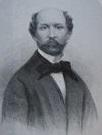

















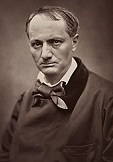




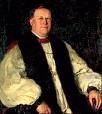



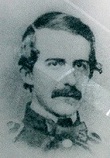




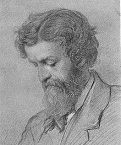



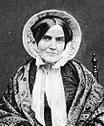

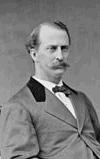




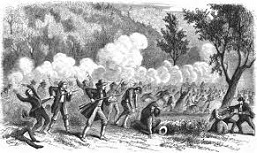
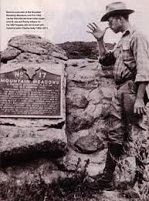
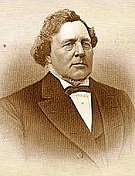
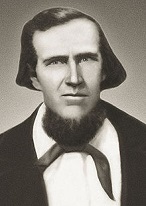
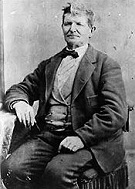
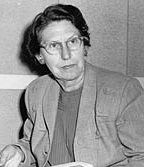
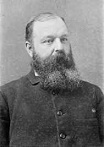
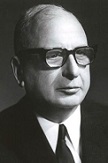
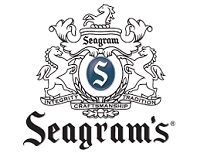

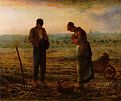
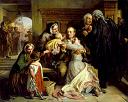

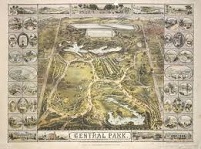
1857 A worldwide influenza epidemic begins (ends 1859). On Feb. 5 Mexico ratifies the 1857 Federal Constitution of the United Mexican States; on Oct. 25 Oaxaca gov. (since Jan. 10, 1856) Benito Juarez is appointed minister of the interior (until Nov. 3), followed by pres. of the Mexican Supreme Court (until Jan. 15, 1858). On Feb. 7 4.6K British under Maj. Gen. Sir James Outram defeat 5K Persians at the Battle of Khushab (Khooshab), becoming the largest battle of the war; on Mar. 24-26 the Battle of Mohammerah in Shatt al Arab is another V for the British over 13K Persians and Arabs under Khanlar Mirze; on Apr. 1 the Battle of Ahvaz is another V for the British over the Persians; meanwhile on Mar. 4 Persia and Great Britain sign the Peace of Paris, and on Apr. 4 after news reaches them, the Anglo-Persian War (begun Nov. 1, 1856) ends; Persia withdraws from Herat and surrenders its claims, with the shah recognizing the independence of Afghanistan; the British pull out of S Persia. On Feb. 23 the Am. Inst. of Architects (AIA) (originally New York Society of Architects) is founded in New York City by 13 architects incl. Richard M. Upjohn (pres. #1), Charles Babcock, Henry W. Cleaveland, Henry Dudley, Leopold Eidlitz, Edward Gardiner, Richard Morris Hunt et al., who invite 16 more to join them, changing their name in their constitution on Mar. 10 and growing to 300+ chapters ant 95K members by 2008; in the mid-1960s they move their HQ to Washington, D.C.; in 1973 their Am. Center for Architecture is completed. The worst guy they could have made president just now, a loose cannon on deck, not to mention his vice-president? On Mar. 4 (Wed.) Cove Gap, Penn.-born 65-y.-o. confirmed bachelor and elder statesman (Dickinson College grad.) James Bachelor, er, James Buchanan (1791-1868), AKA "Old Buck", "Old Fogey", "Old Public Functionary", "Ten-Cent Jimmie" (for his 1856 claim that 10 cents a day is enough for a working man to live on), "the Sage of Wheatland" (his estate near Mercersburg, Penn.) becomes the 15th U.S. pres. (until Mar. 4, 1861) (first bachelor pres. until ?) (last U.S. secy. of state to become pres. until ?) (2nd and last Doughface pres.) in the 20th U.S. Pres. Inauguration in the East Portico of the U.S. Capitol (first to be photographed) Lexington, Ky.-born John Cabell Breckinridge (1821-75) becomes the 14th U.S. vice-pres. (until Mar. 4, 1861) (youngest until ?); the inaugural parade is delayed because outgoing pres. Pierce is late; Pierce's long inaugural address refers to "the Territorial Question" (slavery spreading to the Am. West), supporting the let-voters-decide 1854 Kansas-Nebraska Act without mentioning the rampant voter fraud, ending with the soundbyte: "We have been carried in safety through a perilous crisis. Wise counsels, like those which gave us the Constitution, prevailed to uphold it. Let the period be remembered as an admonition, and not as an encouragement, in any section of the Union, to make experiments where experiments are fraught with such fearful hazard. Let it be impressed upon all hearts that, beautiful as our fabric is, no earthly power or wisdom could ever reunite its broken fragments. Standing, as I do, almost within view of the green slopes of Monticello, and, as it were, within reach of the tomb of Washington, with all the cherished memories of the past gathering around me like so many eloquent voices of exhortation from heaven, I can express no better hope for my country than that the kind Providence which smiled upon our fathers may enable their children to preserve the blessings they have inherited; Buchanan uses his charming niece Harriet Lane (1830-1903) as White House hostess (First Lady?); Buchanan chats at the inauguration with U.S. chief justice (since 1836) Roger Brooke Taney (1777-1864), and urges the public to accept the upcoming (Mar. 6) Dred Scott decision, "whatever this may be" (the outcome had been leaked to him). On Mar. 4 former U.S. secy. of war Jefferson Davis becomes Dem. U.S. Sen. from Miss. (until Jan. 21, 1861). On Mar. 4 after the pro-slavery Kan. legislature calls for election of delegates to a constitutional convention just before Buchanan's inauguration, but the governor vetoes the measure, causing the legislature to override his veto, the gov. resigns, and Pres. Buchanan replaces him with Penn.-born Miss. politician and Polk treasury sec. (1845-9) Robert John Walker (1801-69), who arrives in May and tries to organize free-state delegates for the constitutional convention in Lecompton. The pro-slavery powers pull their final rabbit out of their black hat, and it's dressed in a black robe, with a white lining? Talk about bad timing? On Mar. 6 (two days after Pres. Buchanan's inauguration) the U.S. Supreme Court led by Roman Catholic chief justice (1836-64) Roger Brooke Taney (1777-1864) (pr. TAH-nee) rules 7-2 in Dred Scott v. Sandford (their worst decision?) (dissent by John McLean and Benjamin R. Curtis) that blacks "had for more than a century been regarded as... so far inferior, that they had no rights which the white man was bound to respect", and therefore are not human beings but only one-fourth human, and property of their white masters, and cannot become citizens, even if taken by their masters into free states (incl. any of them new free or popular sovereignty states that them !*?!* nigger-loving abolitionists are trying to railroad in?); the defunct Missouri Compromise is nullified ex post facto, and popular sovereignty is ruled defunct, since Congress does not have the power to ban slavery in the territories; the decision "seemed a mortal blow to the newly created Republican Party" (Encyclopedia Britannica), putting it in a war with the court; speaking of blow, after the decision, Dred Scott and his family are sold to Peter Blow, the son of Scott's first owner (Joe Blow?), who gives them their freedom papers on May 26; all but one of the justices who join Marylander Taney are Southerners; - Roger B. Taney's portrait looks like one of those orangutan judges in the movie "Planet of the Apes", and Dred Scott's portrait looks like Levar Burton in "Roots"? In Mar. the Utah (Mormon) War (Campaign) (Expedition) (Rebellion) (Buchanan's Blunder) begins in Utah Territory when Pres. Buchanan sends the U.S. Army to replace gov. Brigham Young, causing the Mormon Nauvoo Legion to resist, blocking the entrance to Salt Lake Valley and engaging in slash and burn warfare, sending 10 men to cross Little Mountain and meet with Brig. Gen. Albert Sidney Johnston's Army; on Oct. 7 (night) Mormon frontiersman William Adams "Wild Bill" Hickman (1815-83) burns Ft. Bridger to keep it from falling into army hands, along with numerous army supply trains, which doesn't stop them from wintering near it and establishing it as their post, while more troops establish Camp Floyd in Cedar Valley near modern-day Fairfield S of Salt Lake City, which serves as a Pony Express stop in 1860-1; the Utah War ends in July 1858 with few casualties after Pres. James Buchanan grants full amnesty on the condition that they accept federal authority and replace Brigham Young as gov.; the U.S. Congress rejects the Mormon claim to Ft. Bridger, along with Jim Bridger's; in 1861-5 the federal troops are withdrawn from Utah Territory to fight in the U.S. Civil War; meanwhile in Oct. 1862 the Calif. Volunteer Cavalry-Infantry establishes Fort Douglas 3 mi. E of Salt Lake City. In Mar. Reform Rabbi Samuel Adler (1809-91) of Alzey, Germany emigrates to the U.S. to lead Temple Emanu-El in New York City (until 1874); his son Dr. Felix Adler (1851-1933) comes with him, going on to uphold the Jewish tradition of lotsa lotsa education and end up as a history prof. at Cornell U. in 1874. The English go too far with their WASP superiority thing and get what's coming to them in India? On May 10 after the 250K Hindu and Muslim Sepoy (Urdu for soldier) (Indian native) soldiers of Oudh and Bengal in N India go ape at the prospecting of putting the slimy new pig-fat and cow-fat covered cartridges for the new British Enfield rifles into their mouths, the 1857 Indian (Sepoy) Rebellion, against 45K British soldiers begins in Meerut, led by Nana Sahib (1824-?), spreading to Delhi, ending the Mogul (Mughal) Dynasty (founded 1526); on May 10 Col. John Finnis, cmdr. of the 11th Native Regiment of the British Indian Army attempts to lecture his troops on the parade ground not to mutiny, and they fire a volley at him, killing him; on May 21 the Brits blow away rebellious sepoys after tying them to cannons, insuring that the revolt will be particularly fanatical?; Hodson's Horse (Corps of Guides, Punjab Irregular Force), a regiment of irregulars is formed by British Maj. William Stephen Raikes Hodson (1821-58), who is KIA in Lucknow after introducing the khaki uniform and capturing Bahadur Shah II, emperor/king of Delhi; British gov.-gen. (since 1856) Charles Canning, 1st earl Canning issues a proclamation declaring the lands of the province of Oudh forfeited, causing Lord Ellenborough to send him a secret letter demanding his resignation, but he stands his ground and stays in office. On May 22 the 31st Punjabis infantry of the British Army, composed of Muslims, Sikhs, Dogras (mostly Hindus), Hill Rajputs, and Gurkhas is formed in Ferozepur; called Van Cortlandt's Levy until 1903, it becomes part of the Pakistan Army in 1947 as the 14th Battalion of the Punjab Regiment. On May 30 the Siege of Lucknow sees the British sieged by the rebels of Oudh led by Begum Hazrat Mahal and Birjis Qadra, holding out while two relief attempts arrive, then evacuating on Nov. 27. In May the Neuchatel Revolt (begun 1856) ends after Napoleon III intervenes, getting the Prussian king to relinquish his rights in return for a monetary payment, which he later repudiates. On June 10 the 30th Punjabis infantry of the British Indian Army, composed of Muslims, Sikhs, and Dogras (mostly Hindus) is raised in Ludhiana as the 22th Regiment of the Punjab Infantry; in 1947 it becomes the 13th Battalion of the Punjab Regiment in Pakistan. On June 16 the Great New York City Police Riot of 1857 sees the New York City Metropolitan Police order Muncipal Police Capt. George Washington Walling to arrest mayor Fernando Wood in city hall, causing Wood's Muncipal Police to chuck Walling into the street, causing 50 Metropolitan Police to march in with nightsticks, and lose to the Metropolians, with 52 injured, after which the Nat. Guard 7th Regiment surrounds City Hall and arrests Wood, who is released on bail and returns to iffice, er, office; the feud rages through the summer, allowing gangs to take over the city, while criminals arrested by one police force are summarily released by judges loyal to the other force; Walling becomes police suptd. in 1874-85. On June 24 Tunisian Jew Batto Sfez is executed for blasphemy against Islam. On June 27 British explorers Sir Richard Francis Burton (1821-90) and John Hanning Speke (1827-64) begin to search for the source of the White Nile, setting out from the E coast of Africa, going on to obtain help from Omani Arabs and suffer from tropical diseases. On June 30 Gulab Singh (b. 1792) dies, and his son Rambir Singh (1830-85) becomes tyrant prince (maharaja) of Sikh Kashmir (until 1885). In late June the Siege of Lucknow begins (ends Nov. 18); meanwhile the rebels are successively defeated by the Brits under 5' "muscular Christian" Sir Henry Havelock (1795-1857) at Fatehpur (July 14) Aong (July 15), Pandoobridge (July 15), and Cawnpore (Kanpur) (July 16); too bad, on July 15 at Cawnpore as the British approach, 180 women and children put in a harem are massacred by two Muslim butchers and thrown into a well, causing an outcry and stiffening British resolve; to bad, when the local Brits learn of the extent of the massacre they descend into horrible acts of brutality, showing that white superiority is skin deep; the mad-as-hell Brits under Sir Henry Havelock go on to crush Sepoy rebels at Unao (July 29), Busherutgunge (July 29, Aug. 5), Boorhya (Aug. 12), and Bithur (Aug. 16). On July 4-5 taking advantage of the police anarchy, the Dead Rabbits Riot in the Bowery in Lower Manhattan, N.Y. between the Irish Dead Rabbits gang and the Protestant nativist Bowery Boys kills eight and injures 30-100. On Aug. 24 the Ohio Life Insurance and Trust Co. fails; after a decade of prosperity fueled by Calif. gold, the reduction in demand for U.S. grain caused by the end of the Crimean War combined with overspeculation in U.S. railroads, and the Dem. Tariff of 1857 of Mar. 3 (which sets rates at their lowest level since 1816), the Panic of 1857 hits the U.S. and Europe; the depression that follows (ends 1859) intensifies sectional differences as the South prospers with cotton while blocking tariff protection and free public lands wanted by the North; the South also gets an idea that King Cotton is Dick Almighty and that their slave labor system is superior to the up-and-down Northern free labor system; the panic makes the East ripe for the Colo. Gold Rush. On Aug. 6 after rich New England paper merchant Cyrus West Field (1819-92) obtains funding from the U.S. and Britain to exploit his 1854 50-year charter to use the coasts of Newfoundland as a terminal for transoceanic cables, and forms (with Peter Cooper) the New York, Newfoundland and London Telegraph Co. and the Atlantic Telegraph Co. (1856), the British man-of-war Agamemnon and the U.S. frigate Niagara set sail from Valentia Bay on the Irish coast carrying cable for the first transatlantic telegraph cable, laying it out as they go (1 ton per mi.) using ocean bottom charts prepared by U.S. oceanographer Matthew F. Maury, but 335 mi. out to sea the Niagara's section breaks, and $500K worth of cable plummets to the ocean floor, causing the attempt to be called off; they try it again next June. On Aug. 25 after leaving Salt Lake City to visit LDS communities in S Utah and warn them of approaching federal troops, telling them to "touch fire to their homes, and hide themselves in the mountains, and to defend their country to the very last extremity", whipping up fear and paranoia, LDS apostle (since Apr. 26, 1839) (Joseph Smith Jr.'s first cousin) George A. (Albert) Smith (1817-75), accompanied by several Native Am. chiefs and new Mormon missionary and pres. of the Santa Clara Indian Mission Jacob Hamblin (1819-86) (later becoming known as "Apostle to the Lamanites" and "the Buckskin Apostle" for his fair dealings with them) directs the Fancher-Baker party to Mountain Meadows N of Santa Clara on the Spanish Trail to find water and pasture, leading to their massacre, after which Hamblin tries to pin all the blame on John D. Lee. On Aug. 29 an Ill. man is shot with a "slungshot" just before midnight, and the man accused of doing it is defended by Abraham Lincoln next year, using the Old Farmer's Almanac to prove that there was not enough moonlight that night to see well enough to do the shooting, getting him acquitted. America's first 9/11 is cause not by Muslims, but Mormons? On Sept. 7-11 the Mountain Meadows Massacre sees the Baker-Fancher Party of 120+ Ark. settlers headed for Calif. incl. men, women, and children massacred in S Utah by the Mormon Utah Territorial Militia dressed as Paiutes; 17 children ages six and younger are spared; a Mormon coverup follows, stifling nat. publicity until 1872 when Mormon bishop Philip Klingensmith, a former private in the militia confesses, causing a scapegoat to be cut loose to beat the heat on the others, resulting in the 1874-6 trial of former Mormon militiaman John Doyle Lee (b. 1812), who is executed by firing squad on Mar. 23, 1877 at the site of the massacre after speaking his last words: "I do not believe everything that is now being taught and practiced by Brigham Young. I do not care who hears it. It is my last word... I have been sacrificed in a cowardly, dastardly manner", leaving Mormonism Unveiled; or, The Life and Confessions of the Late Mormon Bishop John D. Lee (Written by Himself) (1877); Cedar Springs, Mich.-born non-religious historian Charles Kelly (1889-1971) edits Lee's journals, claiming to smell a rat, posing for a photo in which he thumbs his nose at the Mormon memorial to the massacre; in 1950 Bunkerville, Nev.-born Mormon historian Juanita Pulsipher Brooks (nee Juanita Leone Leavitt) (1898-1989) pub. The Mountain Meadows Massacre, which proves that the Mormon militia did it, and that militiaman John D. Lee was a scapegoat, charging Brigham Young with running a coverup after provoking it with incendiary rhetoric, making him "an accessory after the fact"; the book is acclaimed by historians, keeping the LDS Church from taking disciplinary action against her, but members and officials shun her for breaking their code of silence; on June 30, 2011 U.S. interior secy. Ken Salazar designates the Meadow Mountains Massacre site as a nat. historic landmark. On Sept. 25 the Brits in sieged (since late June) Lucknow greet the First Relief of Lucknow by reinforcements under Sir Henry Havelock, who find 650 of the original 1.7K defenders, and join the garrison but are unable to break the siege, until the Second Relief of Lucknow led by Sir Colin Campbell arrives in Oct., and relieves them on Nov. 18, withdrawing to Cawnpore, where on Nov. 19-Dec. 6 the Second Battle of Cawnpore is fought against rebel leader Tantya Tope (pr. TOH-pay) (Ram Chandra Pandurang) (1814-59); Gen. Sir James Outram, 1st Baronet (1803-63), hero of Khushnab in Persia further distinguishes himself by taking the Chattar Manzil (Umbrella Palace) in Lucknow, finishing the Sepoys off, and becomes a British hero; meanwhile on June 8-Sept. 21 Brits, led by British military hero brig. gen. John Nicholson (b. 1822), "the Hero of Delhi" seige Delhi; on Sept. 23 Nicholson (by now "the Hero of Delhi") dies of wounds received after covering for the incompetence of his superior Maj. Gen. Sir Archdale Wilson (1803-74) with the soundbyte: "Thank God I have yet the strength to shoot him if necessary"; Nana Sahib disappears, either dying of malaria in Sept. or fleeing to Nepal; after it's all over, a bill is introduced in Parliament to take the govt. of India away from the East India Co. and put it under the crown, but it fails; lucky for the Chinese, British troops intended to fight them in Canton are diverted to India; the song The Campbells Are Coming is inspired by the bravery of the Scotch Highlanders under Glasgow-born Sir Colin Campbell coming to the rescue of the British at Lucknow; the scare caused by the Sepoy Mutiny causes the British to rush to build a strategic rail network in India so they can prevent a repeat. On Oct. 19 Tomas Martinez Guerrero (1820-73) is appointed pres. of Nicaragua (until Nov. 15, 1857) by the Central Am. countries after they drive out pesky William Walker; 35 years of conservative rule of Nicaragua begins - what are all those fresh dirt mounds? On Oct. 27 the state of Aguascalientes (Sp. "hot waters") in C Mexico midway between Mexico City, Guadalajara, and Monterrey is created after being separated from Zacatecas, becoming Mexico's largest nat. producer of grapes and wines. On Nov. 24 Sir Henry Havelock (b. 1795) dies of dysentery contracted in the heat of the battle after his son (a lt.) Sir Henry Marshman Havelock-Allan, 1st Baronet (1830-97) distinguishes himself on July 16 in Cawnpore. On Dec. 21 Kansas delegates vote in the Lecompton Convention (Constitution) whether to accept a new "constitution with slavery" or a "constitution with no slavery", providing that either way the 200 slaves already in the state "in no measure be interfered with"; 6,226 vote for slavery, 569 for no slavery; pro-slavery Gov. Robert J. Walker counters with an alternate election in the legislature to be held in Jan. On Dec 22 the Alpine Club is founded in London, England, becoming the world's first mountaineering club; in 1975 it merges with the Ladies' Alpine Club. On Dec. 23 the 33rd Punjabis (Allahabad levy) infantry regiment of the British Indian Army is raised; initially manned with low-caste Hindus, in 1890 it is remanned with Punjabi Muslims; after Pakistani independence in 1947, it becomes the 15th Battalion of the Punjab Regiment. On Dec. 31 Queen Victoria designates Ottawa as the capital of the province of Canada, effective in 1858; Sir George-Etienne Cartier, 1st Baronet (1814-73) becomes PM of United Canada (until 1862), becoming known as "the Father of Confederation". Jose Maria Linares Lizarazu (1810-61), head of the Partido Generador (Generator Party) leads a pro-civilian military coup, becoming the first civilian pres. of Bolivia (until 1861), going on to prove himself a man of the people with liberal reforms, then after facing revolts, turning into a dictator in 1858, causing his popularity to tank. The British fleet aided by the French takes Canton. The Allied Army of Central Am., led by Costa Rican pres. Juan Rafael Mora defeats William Walker and restores the Cornelius Vanderbilt puppet conservative govt., which keeps the coffee beans coming until 1893 - eggsactly? Ft. Bridger (held since 1853) in Wyoming is abandoned by the Mormons as U.S. troops approach; Jim Bridger leases it to the U.S. govt., and it is garrisoned until 1890. U.S. Sen. Sam Houston runs for gov. of Tex. as an independent and loses. Andrew Johnson is elected to the U.S. Senate (until 1862). Giuseppe Garibaldi forms the monarchist-unionist Italian Nat. Assoc. for unification of Italy, supporting the policies of the Count of Cavour. The Nat. Educational Assoc. (NEA) (originally Nat. Teachers Assoc.) is founded in the U.S. for school teachers, going on to grow into a monster with over 3M members, adopting union tactics in the 1960s - to insure a failed educational system? Queen Victoria bestows the title "Prince Consort" on Albert - one soul divided into two bodies? Edward Miner Gallaudet (1837-1917) founds the Columbia Institution for the Dead and Dumb and the Blind in Washington, D.C. on 2 acres of land donated by Amos Kendall, becoming pres. #1 (until 1910); in 1864 Pres. Lincoln signs a bill authorizing it to grant college degrees; it eventually becomes Gallaudet U.. Leo Tolstoy resigns from the army and travels abroad, coming back profoundly disillusioned by Western materialism and commercialism, returning to his estates in Yasnaya Polyana and having his serfs make up his samovar for him? Austrian emperor Franz Josef, who considers himself a soldier, begins sleeping in an austere iron bed until his death in 1916. Gold is discovered in the Selkirk Mts. of SE British Columbia, Canada. During the Utah War U.S. Lt. Joseph Christmas Ives (1828-68) navigates the Colorado River to assess its navigability for the U.S. Army, starting in Baja Calif., and reaches the end of Black Canyon (near Las Vegas, Nev.) in his 54-ft. iron-hulled steamboat The Explorer, then becomes the first Euro to explore the floor of the Grand Canyon, which he calls "the Gates of Hell", his sketches portraying it as a dark and foreboding place, returning next year; too bad, he switches to the Confed. side in the U.S. Civil War, becoming an aide to Jefferson Davis. Pedophiles split the Brahma, Vishnu, Siva worshipers in India? Keshub Chunder Sen (1838-84) of Bengal becomes the 3rd leader of the Brahmo Samaj Hindu religious sect in India, and attempts to abolish child marriage, causing the sect in 1865 to split into the Adi ("original") Samaj and the Bharatvarshiya Brahmo Samaj, under his leadership; too bad, in 1878 he marries off his 13-y.-o. daughter to a rich Hindu maharajah, causing another split into the Sadharan ("universal") Brahmo Samaj and the Nava Bidhana ("new dispensation") under his leadership; meanwhile in 1860 the Brahman leader Dayananda Sarasvati (1824-83) founds the Arya Samaj sect, which also opposes child marriage. King Mindon Min of Burma builds the walled city of Mandalay on the Irrawaddy River (410 mi. N of Rangoon) (modern pop. 900K/2.5M), and transfers his court there to fend off the pesky Brits (until 1885). King Victor Emmanuel II of Piedmont-Sardinia and Napoleon III of France order the construction of a jointly-funded 8-mi.-long tunnel under Mont Cenis, becoming the first rock tunnel. Ft. Walla Walla is established in SE Washington State, and a settlement develops around it which is incorporated as a town in 1859 and chartered as a city in 1862. The North German (Nord-Deutscher) Lloyd Transatlantic Steamship Co. is founded, beginning service between Bremen and London with six 500-ton steamers, extending to New York in June 1858, eventually reaching South Am. The Great Castration sees Pope Pius IX decide that stone penises might incite lust inside the Vatican, and hack off the genitalia of every male statue in Vatican City with a chisel and mallet; later, plaster fig leaves are used to patch the damage to these hundreds of priceless sculptures. After visiting the Holy Land in 1850, aspiring writer Samuel Langhorne Clemens (b. 1835) begins a 2-year career as a Mississippi River boat pilot, picking up his pen name Mark Twain. English-style universities are founded in Madras, Bombay and Calcutta - not Delhi - they're having a little problem with sepoyge there? The Divorce and Matrimonial Causes Act is passed in Britain, denying a husband the right to the earnings of a wife he deserts; too bad, a man can divorce a woman for adultery, but not vice-versa, and can take the kids. Future archbishop of Canterbury (1896) Frederick Temple (1821-1902) becomes headmaster of Rugby School in England (until 1869). Pratt's Club in a basement in Park Place off St. James's St. in London is founded by the duke of Beufort's steward William Nathaniel Pratt (-1860), who lived there since 1841; its distinguished members become eminences grisees. Hans von Bulow marries Cosima Liszt (1837-1930), who leaves him in 1868 for Richard Wagner while preggers, taking two of their four daughters (Isolde and Eva) with her, but he doesn't care, since he idolizes Wagner? The Savage Club in London is founded for bohemian artists, actors, etc., who call themselves Brother Savages. The Science Museum in South Kensington, London is founded. The English Philological Society commissions the Oxford English Dictionary, which takes 71 years (1928); in 1879 Sir James Augustus Henry Murray (1837-1915) becomes ed. in chief, getting out vol. #1 in 1884. The Dallas Morning News begins pub. the Texas Almanac. The periodicals Harper's Weekly: A Journal of Civilization (Jan. 3) is founded in New York City; The Atlantic Monthly (Nov. 1) is founded in Boston, Mass., moving out of Boston in 2005. by James Russell Lowell (1819-91), making Boston physician wit Oliver Wendell Holmes Sr. (1809-94) a celeb with his 12-part series The Autocrat of the Breakfast Table in 1858, which is followed in 1859 by The Professor at the Breakfast Table, and in 1872 by The Poet at the Breakfast Table. Adolphus Busch (1839-1913) leaves the Rhineland and settles in St. Louis, Mo. The town of Abilene, Kan. (modern-day pop. 6.8K) is founded as a stage coach stop in new Dickinson County, and named in 1860 after a passage in the Bible (Luke 3:1) meaning "city of the plains"; in 1867 the Kansas Pacific Railway reaches it, and on Sept. 5 after Joseph G. McCoy builds stockyards for 2K heads of cattle, and the railroad puts in a switch enabled cattle cars to be loaded, the first 20 carloads are sent to Chicago, Ill., causing the Chisholm Trail to end there, making Abilene the Wild West's first cowtown, with 35K heads shipped in 1867, and 440K by 1871. Chicago, Ill. becomes the transportation hub of the West, with thousands of miles of track going through it; exports of grain through Chicago grow from 100 bushels in 1837 to 2M bushels in 1847 to 18M this year. This is the last year in which Spanish dollars (pieces of eight) and silver fippenny (five-penny) bits are legal tender in the U.S.; the U.S. Mint discontinues half cents and large cents. The Z-grill, an experimental security impression is first used by the U.S. Post Office; by 2000 only two stamps with the Z-grill remain. The Hollenberg Pony Express relay station on Cotonwood Creek, 2 mi. N of Hanover, Kan. is built by Gerat H. Hollenberg, later becoming the last Pony Express station to survive to modern times. The Museum of Ornamental Art (changes to Victoria and Albert Museum in 1899) in South Kensington, London opens in June. Bethlehem Steel Corp. (originally the Bethlehem Iron Co.) is founded in Bethlehem, Penn. (until 2003), rising to #2 in the U.S. after U.S. Steel - the Prince of Peace and weapons of war? The Tswana people become the first in Africa to have a complete Bible trans. for a formerly unwritten tongue. Emily Blackwell (1826-1910) (sister of Elizabeth Blackwell), who earned her medical degree in 1854 works with her sisters and Maria Elizabeth Zakrzewska (1829-1902) to found the New York Infirmary for Indigent Women and Children. Joseph E. Seagram and Sons starts as a distillery founded in Waterloo, Ont., Canada; in 1869 Canadian businessman Joseph Emm Seagram (1841-1919) becomes a partner, rising to sole owner in 1883; in 1924 Canadian Jewish businessman Samuel Bronfman (1889-1971) and his brothers found Distillers Corp. Ltd. in Montreal, Quebec, Canada, which booms during the 1920s because of Prohibition in the U.S. by shipping liquor to Saint Pierre and Miquelon off Newfoundland for transfer to U.S. bootleggers from N.Y., N.J. et al.; in 1928 Distillers Corp. acquires Seagram, surviving the end of Prohibition in 1933 by selling aged whiskeys and paying the U.S. govt. $1.5M to settle delinquent excise taxes, with Bronfman introducing quality whiskies incl. Chivas Regal and Royal Salute, creating Crown Royal in 1939 after mixing 600 samples to commemorate a visit to Canada by George VI and Queen Elizabeth; in 1982 it acquires a 32.2% share in Conoco, which calls in DuPont to rescue it, causing Seagram to end up with a 24.3% share of DuPont, growing to the largest single shareholder in 1995 with four seats; in 1986 it launches an ad campaign for its Golden wine coolers starring Bruce Willis, causing it to rise from #5 to #1 among distillers by 1988; in 1987 it takes over French cognac maker Martell & Cie for $1.2B; too bad, after rising to the largest owner of alcoholic beverages in the world, on Apr. 6, 1995 DuPont announces a buyback of its shares for $9B despite accounting for 70% of Seagram's earnings, after which Seagram begins a downhill slide despite acquiring MCA, owner of theme parks and Universal Pictures, along with PolyGram and Deutsche Grammophone; in 2000 the entertainment div. is sold to Vivendi, and the beverage div. (250 drink brands) to Pernod Ricard and Diageo; in 2002 Coca-Cola acquires its line of mixers. St. Pauli Girl brewery is founded by Luder (Lüder) Rutenberg next to St. Paul's Friary in Bremen, Germany; U.S. distribution begins in 1965, going nationwide in 1975, becoming the #2-selling German beer in the U.S. Sports: On Jan. 22 the 9-inning game is introduced to Am. baseball, followed by called strikes next year. On Apr. 27 (Sun.) the first horserace is run at the Hippodrome de Longchamp (Longchamp Racecourse) in Bois de Boulogne, Paris, France on the Seine River in front of a large crowd incl. Emperor Napoleon III and his wife Eugenie; until 1930 the horseracing fans prefer to sail down the river in steamboats to the Pont de Suresnes before embarking to go to the track; only the aristocracy can watch from the Royal Enclosure, the mere upper class having to watch from their barouche carriages on the lawn; the several interlaced tracks feature a famous hill; in 1920 it first hosts the 1.5 mi. Prix de l'Arc de Triomphe Thoroughbred horserace, most prestigious in Europe. Paul Morphy (1837-1884) dominates the Am. Chess Congress in New York City, and is proclaimed world chess champ in a banquet in Paris on Apr. 4, 1859, and is again proclaimed world chess champ by John Van Buren, son of pres. Martin Van Buren on May 29, 1859 in New York City, then quits after a 2-year career with a record of 42-8-9; "Morphy, I think everyone agrees, was probably the greatest of them all" (Bobby Fischer). Architecture: A competition is held to design 778-acre city-owned Central Park in Manhattan, N.Y., and the winner is Frederick Law Olmsted (1822-1903), who becomes known as the "Father of U.S. Landscape Architecture"; it opens to the public next winter; in 1873 it is expanded to 843 acres; in 1962 it is designated a nat. historic landmark; in Apr. 2017 it is placed on the UNESCO World Heritage site list. Inventions: Joseph C. Gayetty (Coyetty) (b. 1827?) of the U.S. invents gay, er, Toilet Paper, selling it in packs of 500 for 50 cents, with aloe added as a lubricant, billed as a treatment for hemorrhoids - the ultimate white-black interface, use after coyettus? Elisha Graves Otis (1811-61) installs the first safety passenger elevator in the U.S. Science: German-born Australian botanist-physician Baron Sir Ferdinand Jacob Heinrich von Mueller (1825-96) first scientifically describes Macadamia nuts, naming after his Scottish-born friend John Macadam (1827-65), secy. of his Royal Botanic Gardens in Melbourne. British archeologist Sir Charles Thomas Newton (1816-94) discovers the remains of the Mausoleum of Halicarnassus (350 B.C.E.). French scientist Louis Pasteur (1822-95) proposes the Germ Theory of Disease, claiming that anthrax is caused by a bacillus. Mizar A and Mizar B, one of the two groups in the Big Dipper along with Alcor A and B become the first binary stars to be photographed through a telescope. Nonfiction: Delia Bacon (1811-59), The Philosophy of the Plays of Shakespeare Unfolded; the first comprehensive theory that Shakespeare wasn't the real author of the plays; claims that they were written by a group incl. the usual suspects Sir Francis Bacon, Sir Walter Raleigh, Edmund Spenser, the 17th Earl of Oxford, and Thomas Sackville, 1st Earl of Dorset and Baron Buckhurst (1536-1608), who in 1561 wrote the play "Gorboduc", the first English drama written in blank verse, which was performed for Elizabeth I. Albert Barnes (1798-1870), The Church and Slavery; calls slavery evil and immoral, saying that it has to be dealt with from the pulpit "as other sins and wrongs are". Thomas Hart Benton (1782-1858), An Abridgment of the Debates of Congress from 1789 to 1856 (15 vols.) Henry Thomas Buckle (1821-62), The History of Civilization in England (2 vols.) (June 1857, May 1861); first history utilizing climate, soil, food, and other scientific data to explain events, attempting to illustrate the principles of scientific history, based on scientific and mental laws, incl. that progress depends on scepticism, making him a star, "the Father of Scientific History"; followed by vol. 2 in May 1861; too bad, after leaving England for the Holy Land for his health, he contracts typhoid fever in Nazareth, and dies on May 29, 1862 in Damascus before he can finish all 14 vols. Sir John Charles Bucknill (1817-97), Unsoundness of Mind in Relation to Criminal Acts. John Elliott Cairnes (1823-75), The Character and Logical Method of Political Economy; an addendum to John Stuart Mill's "Essays on Some Unsettled Questions in Political Economy" (1844). A.M. Collins, The Great Western Cookbook, or Table Receipts, Adapted to Western Housewifery; new styles brought in by Am. immigrants, incl. yummy mock turtle soup, gumbo, calf's head, codfish pie, and gooseberry cheese. Andrew Jackson Davis (1826-1910), The Magic Staff: An Autobiography. Lord Dufferin (1826-1902), Letters from High Latitudes, Being Some Account of a Voyage in the Schooner Yacht "Foam" to Iceland, Jan Mayen, and Spitzbergen; a comic treatment of his 1856 trip around the North Atlantic; big hit. Ludwig Feuerbach (1804-72), Theogonie. George Fitzhugh (1806-81), Cannibals All!, or Slaves Without Masters. Edmond de Goncourt (1822-96) and Jules de Goncourt (1830-70), Portraits Intimes du XVIIIe Siecle (2 vols.) (1857-8). Philip Henry Gosse (1810-88), Omphalos: An Attempt to Untie the Geological Knot; just as Adam must have had a navel even though he had no mother, so when God created the Big U, he would have created it with a perfectly recursive past?; "The argument is not that fossils were put into rocks to make the world seem older, to confuse geologists or to test people's faith; merely that if the world was created by divine fiat, it could only be created as a going concern, with a created (not faked) past." (Eric Korn); The Westminster Review calls his book "too monstrous for belief", and it is a flop - yet if the Big U is a galactic computer, he would be right? Asa Gray (1810-88), First Lessons in Botany and Vegetable Physiology; the first botany textbook? Ch'oe Han-gi (1803-75), Descriptions of the Nations of the World (Chigu chonyo); introduces Koreans to the West and suggests that Korea open its doors to cultural interchange. Hinton Rowan Helper (1829-1909), The Impending Crisis in the South: How to Meet It; claims that the institution of slavery is economically unsound and contributes to the moral and intellectual degeneration of slaveholders; sells 100K copies the first year, and in 1860 the Repubs. distribute millions of copies of a digested pamphlet version, while Southern state legislators forbid its sale or possession, and men are hanged or mobbed for owning a copy; more influential than "Uncle Tom's Cabin" in hastening the U.S. Civil War? - having the darkies do the labor doesn't free whities for intellectual pursuits? James Holman (1786-1857), Holman's Narratives of His Travels (autobio.). Allan Kardec (1804-69), The Spiritist Codification (Pentateuch) (AKA The Five Fundamental Works of Spiritism) (1857-68); founds Spiritism. Henry George Liddell (1811-98), A History of Rome from the Earliest Times to the Establishment of the Empire. David Livingstone (1813-73), Missionary Travels and Researches in South Africa; bestseller, making him famous. Benedict Morel (1809-73), Traite des Degenerescences (Traité des Dégénérescences); promotes the Theory of Degeneration to characterize mental illnesses, which rules for the rest of the cent. Rev. Richard Williams Morgan, Britons of Cambria. Ernest Renan (1823-92), Etudes d'Histoire Religieuse. Music: Franz Liszt (1811-86), Eine Faust-Symphonie (Weimar). James Lord Pierpoint (1822-93), One-Horse Open Sleigh (Jingle Bells) (Sept. 16); by the organist at the Unitarian Church in Savannah, Ga.; intended to be sung at Thanksgiving not Christmas; "Dashing through the snow/ In a one-horse open sleigh/ O'er the hills we go/ Laughing all the way./ Bells on bobtail ring/ Making spirits bright/ Oh what sport to ride and sing/ A sleighing song tonight./ Jingle bells, jingle bells/ Jingle all the way!/ O what joy it is to ride/ In a one-horse open sleigh." Giuseppe Verdi (1813-1901), Simon Boccanegra (Mar. 12) (La Fenice, Venice); libretto by Francesco Maria Piave; based on the play "Simon Bocanegra" by Antonio Garcia Gutierrez, about the first Doge of Genoa; Aroldo (opera) (Aug. 16) (Teatro Nuovo, Rimini); libretto by Francesco Maria Piave; a rewrite of 1850's "Stiffelio" to please censors, which makes it a bore? Art: Henry Gritten (1818-73), A View of Hobart. Jean-Louis Ernest Meissonier (1815-91), Young Man of the Time of the Regency; The Painter; The Musician; The Shoeing Smith; A Reading at Diderot's; exhibited in the Salon. Jean Francois Millet (1814-75), The Gleaners; a big V for the Barbizon School?; The Angelus (1857-9). Emily Osborn, Nameless and Friendless. Pellegrino Rossi (1787-1848), Melanges d'Economie Politique, d'Histoire et de Philosophie (2 vols.) (posth.). Abraham Solomon (1823-62), Waiting for the Verdict. Plays: Alexandre Dumas fils (1824-95), La Question d'Argent (The Silver Question) (comedy); a hit, getting him out of debt. Watts Phillips (1825-74), The Dead Heart: A Story of the French Revolution; a big hit, getting him accused of stealing from Charles Dickens, until it is revealed that the latter attended a reading of the play this year in Brighton. Poetry: Charles Pierre Baudelaire (1821-67), Les Fleurs du Mal (The Flowers of Evil) (debut); his masterpiece?; poems about decadence and eroticism, incl. La Danse Macabre (The Dance of Death) ("From the Seine's cold quays to the Ganges‘ burning shores,/ The human troupe skips and swoons with delight, sees not/ In a hole in the ceiling the Angel's trumpet/ Gaping ominously like a black blunderbuss"), Le Cygne (The Swan) ("If rape or arson, poison or the knife/ Has woven no pleasing patterns in the stuff/ Of this drab canvas we accept as life/ It is because we are not bold enough"; "The Sun was covered with a crape. Like him,/ Moon of my life! swathe yourself with darkness;/ Sleep or smoke as you will; be silent, be somber,/ And plunge your whole being into Ennui's abyss"); gets him and his publisher convicted of obscenity, and fined 300 francs, making it more popular, selling out within a year; a 2nd. ed. minus the six censored poems is pub. in Feb. 1861; he goes on to coin the term "modernity" for the fleeting experience of life in an urban metropolis, and influence poets Paul Verlaine, Arthur Rimbaud, and Stephane Mallarme. Giosue Carducci (1835-1907), Rime (Rhymes) (debut). Francisco Acuna de Figueroa (1790-1862), Mosaico Poetico. Emanuel von Geibel (1815-84), Neue Gedichte. Leigh Hunt (1784-1859), Poetical Works (2 vols.) (Boston). Denis Florence McCarthy (1817-82), The Bell-Founder and Other Poems. Jan Neruda (1834-91), Cemetery (Churchyard) Flowers (debut). Novels: Edmond About (1828-85), Germaine. Bjornstjerne Bjornson (1832-1910), Synnove Solbakken; romanticizes the Viking-farmer past of Norway, starting a movement, in which he becomes the main man, speaker, agitator, and editor rolled into one? George Burrow (1803-81), The Romany Rye; sequel to "Lavengro". Edward George Bulwer-Lytton (1803-73), The Haunted and the Haunters (The House and the Brain). Alexandre Dumas pere (1802-70), Les Compagnons de Jehu. Johann von Eichendorff (1788-1857), Geschichte der Poetischen Literatur Deutschlands. George Eliot (1819-80), Scenes of Clerical Life (short stories); the first pub. under her alias; her first pub. fictional work; set in her hometown of Nuneaton, which she calls Milby. Octave Feuillet (1821-90), Le Petite Comtesse. Gustave Flaubert (1821-80), Madame Bovary (Apr.) (first novel); the first French realist novel, pub. in book form after appearing in serial form in La Revue de Paris (ed. Leon Laurent-Pichat and Maxime Du Camp) in Oct. 1-15, 1856, and the govt. attempting to stop its pub. for obscenity in Jan.-Feb., but losing in court on Feb. 7; took 13 years to write as he search for "le mot juste" (the precise word); every passage is from the point of view of a character?; Emma and her boring hubby Charles, and her secret lovers Rodolphe and Leon, who help her escape her empty provincial life while luring her into living beyond her means; after bankrupting Charles she commits suicide and is buried in a coffin lined with oak, mahogany, and lead; "Language is a cracked kettle on which we beat out tunes for bears to dance to, while all the time we long to move the stars to pity." Ivan Goncharov (1812-91), Oblomov; his masterpiece; took 10 years to write; about a lazy provincial landed proprietor (a superfluous man), who takes 50 pages to move from his bed to a chair, causing the term "Oblomovism" to enter the Russian language to denote habitual laziness. Thomas Hughes (1822-96), Tom Brown's Schooldays; originally pub. under the alias "by an Old Boy of Rugby", about life at Rugby School in 1834-42 during the days of headmaster Thomas Arnold (1795-1842); bully Flashman is finally expelled; followed by "Tom Brown at Oxford" (1861). Charles Kingsley (1819-75), Two Years Ago (2 vols.); a review by Rev. T.C. Sandars popularizes the term "Muscular Christianity", which Kingsley calls "painful, if not offensive". Charles James Lever (1806-72), The Fortunes of Glencore. Fitz Hugh Ludlow (1836-70), The Hasheesh Eater; bestseller; "Drugs are able to bring humans into the neighborhood of divine experience and can thus carry us up from our personal fate and the everyday circumstances of our life into a higher form of reality. It is, however, necessary to understand precisely what is meant by the use of drugs. We do not mean the purely physical craving... That of which we speak is something much higher, namely the knowledge of the possibility of the soul to enter into a lighter being, and to catch a glimpse of deeper insights and more magnificent visions of the beauty, truth, and the divine than we are normally able to spy through the cracks in our prison cell. But there are not many drugs which have the power of stilling such craving. The entire catalog, at least to the extent that research has thus far written it, may include only opium, hashish, and in rarer cases alcohol, which has enlightening effects only upon very particular characters." Herman Melville (1819-91), The Confidence Man: His Masquerade; the shape-shifting Devil tries to snare victims with confidence money, always asking first; a satire of the 1857 panic, which itself causes his sales to be paltry, causing him to quit the novel-writing biz. Wilhelm Raabe (1831-1910), Die Chronik der Sperlingsgasse; turns a bookseller's apprentice and U. of Berlin student into a star. Jules Sandeau (1811-83), La Maison de Penarvan. Adalbert Stifter (1805-68), Der Nachsommer; Bildingsroman, filled with "beetles and buttercups" (Friedrich Hebbel); named as one of the top two German novels of the cent. by Friedrich Nietzsche. William Makepeace Thackeray (1811-63), The Virginians (3 vols.) (Nov. 1857-Oct. 1859); sequel to "The History of Henry Esmond" (1852); vol. 2 chap. 4 is written by John Pendleton Kennedy (1795-1870); Beatrix Esmond, now Baroness Bernstein has twin nephews who fight on opposite sides of the Am. Rev; features appearances by Gen. George Washington and Gen. James Wolfe; "To endure is greater than to dare; to tire out hostile fortune; to be daunted by no difficulty; to keep heart when all have lost it; to go through intrigue spotless; to forgo even ambition when the end is gained - who can say this is not greatness?" Anthony Trollope (1815-82), Barchester Towers; #2 in the Barsetshire Chronicles; The Three Clerks; life in an English sponging house, owned by a bailiff, who tries to squeeze all the cash out of a debtor before the judge sends him to a debtor's prison. Births: Am. illustrator-cartoonist Frederick Burr Opper (d. 1937) on Jan. 2 in Madison, Ohio; creator of Happy Hooligan, and Alphonse and Gaston. Am. educator (pres. of Bryn Mawr College, 1894-1922) Martha Carey Thomas (d. 1935) on Jan. 2 in Baltimore, Md.; educated at Cornell U., and U. of Zurich. Swedish physicist Knut Johan Angstrom (Ångström) (d. 1910) on Jan. 12; son of Anders Jonas Angstrom (1814-74); educated at the U. of Uppsale. Belgian Gen. Leon (Léon) Alphonse Ernest Bruno de Witte de Haelen (d. 1933) on Jan. 12 in Ixelles. Austrian composer Wilhelm Kienzl (d. 1941) on Jan. 17 in Waizenkirchen. Russian neurologist ("Father of Objective Psychology") Vladimir Mikhailovich Bekhterev (Bechterev) (d. 1927) on Jan. 20 in Sorali. Yugoslavia Repub. founder and PM #1 (1918-20) Stojan Protic (d. 1923) on Jan. 28 in Krusevac. Am. Beaux-Arts architect Ernest Flagg (d. 1947) on Feb. 6 in Brooklyn, N.Y.; educated at the Ecole des Beaux-Arts, Paris. Dutch Orientialist scholar (Muslim convert) Christiaan Snouck Hurgronje (d. 1936) on Feb. 8 in Oosterhout; educated at Leiden U. Kiwi statesman-historian-poet William Pember Reeves (d. 1932) on Feb. 10 in Lyttleton. German "Paraphrases About the Finding of a Glove" Symbolist sculptor-painter-etcher Max Klinger (d. 1920) on Feb. 18 in Leipzig. English gen. (Boy Scouts and Girl Guides founder) Sir Robert Stephenson Smyth Baden-Powell, 1st Baron Baden-Powell (d. 1941) on Feb. 22 in {addomgtpm. London; has nine siblings; sent to India at age 20 as an army officer, where he practices his scouting skills, training small patrol units and awarding badges for special skills; created baron in 1929. German physicist (discoverer of radio waves) Henrich Rudolf Hertz (d. 1894) on Feb. 22 in Hamburg; educated at the U. of Berlin. Am. novelist Margaret Deland (d. 1945) on Feb. 23. English (Welsh) feminist suffragist ("the Welsh Boudicca") Sybil Margaret Thomas (nee Haig), Viscountess Rhondda (d. 1941) on Feb. 25 in Brighton. French "Every day, in every way, I'm getting better and better" psychologist-psychotherapist Emile Coue (Coué) (d. 1926) on Feb. 26 in Troyes; inventor of autosuggestion. Am. "Friday the Thirteenth" novelist-businessman (copper baron) Thomas William Lawson (d. 1925) on Feb. 26 in Charlestown, Mass. Austrian psychiatrist Julius Wagner-Jauregg (Julius Wagner Ritter von Jauregg) (d. 1940) on Mar. 7 in Wels, Upper Austria; educated at the U. of Vienna. Am. Mormon politician-historian Brigham Henry "B.H." Roberts (d. 1933) on Mar. 13 in Warrington, Lancashire, England; emigrates to the U.S. in 1866. English historian Sir Charles Harding Firth (d. 1936) on Mar. 16 in Ecclesall, Sheffield; educated at Clifton College, and Balliol College, Oxford U. British field marshal Herbert Charles Onslow Plumer, 1st Viscount Plumer (d. 1932) on Mar. 13 in Torquay. U.S. Lt. Gen. Hunter Liggett (d. 1935) on Mar. 21 in Reading, Penn. French pres. (1931-2) Paul Doumer (d. 1932) on Mar. 22 in Aurillac. Am. "Boston Cooking-School Cook Book" chef Fannie Merritt Farmer (d. 1915) on Mar. 23 in Boston, Mass. French "How Natives Think" anthropologist Lucien Levy-Bruhl (Lévy-Brühl) (d. 1939) on Apr. 10 in Paris. Am. "The Pilgrim's Progress" Indianist composer-conductor Edgar Stillman Kelley (d. 1944) on Apr. 14 in Sparta, Wisc. Am. "Scopes Monkey Trial" lawyer (agnostic) Clarence Seward Darrow (d. 1938) on Apr. 18 in Kinsman, Ohio; educated at Allegheny College, and the U. of Mich.; practices law in Chicago from 1888-1927. Danish journalist-novelist (gay) Herman Joachim Bang (d. 1912) on Apr. 20 in Asserballe, Als, Schleswig. Italian "Pagliacci" opera composer Ruggero (Ruggiero) Giacomo Maria Giuseppe Emmanuele Raffaele Domenico Vincenzo Francesco Donato Leoncavallo (d. 1919) on Apr. 23 in Naples; acts as his own librettist. Swiss psychiatrist (coiner of the term "schizophrenia") Paul Eugen Bleuler (d. 1939) on Apr. 30 in Zollikon (near Zurich). Dutch art dealer Theodorus "Theo" van Gogh (d. 1891) on May 1 in Groot-Zundert, Brabant; brother of Vincent van Gogh (1853-90); great-grandfather of Theo van Gogh (1957-2004). Am. baseball pitcher (Boston Red Stockings, 1879) (Worcester Worcesters, 1880-2) (Cincinnati Red Stockings, 1886) John Lee Richmond (d. 1929) on May 5 in Sheffield, Ohio; educated at Brown U.; pitcher of first perfect game (June 12, 1880). Am. "Reconstruction, Political and Economic, 1865-1877" historian William Archibald Dunning (d. 1922) on May 12 in Plainfield, N.J.; educated at Columbia U.; teacher of Harry Elmer Barnes (1889-1968). English physician-bacteriologist (polymath) (conqueror of malaria) Sir Ronald Ross (d. 1932) on May 13 in Almora, Uttarakhand, British India; educated at St. Bartholomew's Hospital Medical College. English "The Belle of Mayfair", "Sherlock Holmes" actor Charles Hallam Elton Brookfield (d. 2013) on May 19 in London. Am. impresario (#1 Shakespearean actor) Richard Mansfield (d. 1907) on May 24 in Berlin, Germany; British-born father, Russian-born mother; raised in Helgoland Island (North Sea); emigrates to the U.S. in 1882, becoming known for producing George Bernard Shaw's plays and for playing Dr. Jekyll/Mr. Hyde; husband (1892-) of Beatrice Cameron (1868-1940); father of Richard Gibbs Mansfield (1898-1918). German chemist Julius Wilhelm Theodor Curtius (d. 1928) on May 27 in Duisburg; educated at Heidelberg U., and Leipzig U. Italian pope (1922-39) Pius XI (Ambrogio Damiano Achille Ratti) (d. 1939) on May 31 in Desio, Lombardy-Venetia. French flatulist Le Petomane (Pétomane) (Fr. "fartomaniac") (Joseph Pujol) (d. 1945) on June 1 in Marseille. English "Pomp and Circumstance" composer Sir Edward William Elgar, 1st Baronet (d. 1934) on June 2 in Worcester. Danish "The German Student" poet-novelist Karl Adolph Gjellerup (d. 1919) (AKA Epigonos) on June 2 in Roholte, Praesto. British Maj. Gen. (Christian-to-Muslim convert) Rudolf Anton Carl von Slatin (d. 1932) on June 7 in Ober-Sankt-Veit (near Vienna), Austria. Am. Folger Shakespeare Library founder Henry Clay Folger (d. 1930) on June 18 in New York City; first cousin 6x removed of Benjamin Franklin; nephew of Folgers Coffee founder J.A. Folger (1835-89); educated at Amherst College, and Columbia U. Scottish Hispanic scholar James Fitzmaurice-Kelly (d. 1923) on June 20 in Glasgow; prof. of Spanish language and lit. at the U. of Liverpool from 1909-16, and the U. of London from 1916-20. Am. Dr. Pepper pharmacist Charles Courtice Alderton (d. 1941) on June 21 in Brooklyn, N.Y.; English immigrant parents; educated at Framingham College, and U. of Tex. Am. "The Covered Wagon", "The Mississippi Bubble" Western novelist-conservationist Emerson Hough (d. 1923) (pr. like Huff) on June 28 in Newton, Iowa. German adm. Gustav Heinrich Ernst Friedrich von Ingenohl (d. 1933) on June 30 in Neuwied. Italian economist Maffeo Pantaleoni (d. 1924) on July 2 in Frascati. Am. etcher-illustrator-writer Joseph Pennell (d. 1926) on July 4 in Philadelphia, Penn.; friend of James Abbott McNeill Whistler. French psychologist Alfred Binet (d. 1911) on July 8 in Nice; collaborator of Theodore Simon (1872-1961). Am. appliance manufacturer Frederick Louis Maytag I (d. 1937) on July 14 in Cook County, Ill.; German immigrant parents; eldest of 10 children. French Gen. Paul Leblois (d. 1930) on July 17 in Strasbourg. Venezuelan dictator (1908-35) gen. Juan Vicente Gomez (d. 1935) on July 24 in San Antonio de Tachira. Danish "Man's Heaven" realist writer Henrik von Pontoppidan (d. 1943) on July 24 in Fredericia. Am. Repub. Calif. gov. #21 (1903-7) George Cooper Pardee (d. 1941) on July 25 in San Francisco, Calif.; educated at UCB, Cooper Medical College, and U. of Leipzig. English archeologist-orientalist Sir Ernest Alfred Thompson Wallis Budge (d. 1934) on July 27 in Bodmin, Cornwall; educated at Cambridge U.; knighted in 1920. Am. Volunteers of Am. founder (1896) Ballington Booth (d. 1940) on July 28 in Brighouse, Yorkshire, England; 2nd son of Salvation Army founders William Booth (1829-1912) and Catherine Booth (1829-90). Am. "The Theory of the Leisure Class" political economist-sociologist (co-founder of the Institutional Economics Movement) Thorstein (Torsten) Bunde Veblen (d. 1929) on July 30 in Cato, Wisc.; Norwegian immigrant parents; educated at Carleton College, Johns Hopkins U., Yale U. and Cornell U. Am. women's activist-freethinker (free love advocate) Ida C. Craddock (d. 1902) on Aug. 1 in Philadelphia, Penn.; claims to be married to an angel named Soph, who has great intercourse with her. Canadian lumber magnate and ice hockey promoter Joseph "Joe" Patrick (d. 1941) on Aug. 4 in South Durham, Quebec; Irish immigrant parents; father of Lester Patrick (1883-1960) and Frank Patrick (1885-1960). Am. paleontologist-geologist Henry Fairfield Osborn (d. 1935) on Aug. 8 in Fairfield, Conn.; educated at Princeton U.; father of Henry Fairfield Osborn Jr. (1887-1969). English Ethical Culture leader Stanton George Coit (d. 1944) on Aug. 11 in Columbus, Ohio; educated at Amherst College, Columbia U., and Humboldt U.; becomes British citizen in 1903. Am. jurist Edward Baldwin Whitney (d. 1911) on Aug. 16; educated at Yale U. and Columbia U.; son of William Dwight Whitney (1827-94); father of Hassler Whitney (1907-89). British diplomat Edgar Vincent, 1st Viscount D'Abernon (d. 1941) on Aug. 19; husband (1890-) of Helen Vincent, viscountess D'Abernon (1866-1954). Am. "Lincoln: The True Story of a Great Life" biographer Jesse William Weik (d. 1930) on Aug. 23 in Greencastle, Ind.; German immigrant father; educated at DePauw U.; father of Mary Hays Weik (1898-1979); collaborator of William Henry Herndon (1818-91). Am. telephone-automobile pioneer (inventor of the telephone exchange, preferring female voices) Charles Jasper Glidden (d. 1927) on Aug. 29 in Lowell, Mass. Am. physician-poet (Jewish) Solomon Solis-Cohen (d. 1948) on Sept. 1 in Philadelphia, Penn.; brother of Jacob da Silva Solis Cohen (1838-1927). Canadian-Am. businesswoman Martha Matilda Harper (d. 1950) on Sept. 10 in Oakville, Ont., Canada; emigrates to the U.S. in 1886. Am. milk chocolate king ("the Chocolate King") ("the Builder") Milton Snavely Hershey (d. 1945) on Sept. 13 in Derry Township, Penn.; leaves school after 4th grade. U.S. Repub. pres. #27 (1909-13) and chief justice #10 (1921-30) William Howard Taft (b. 1930) on Sept. 15 in Cincinnati, Ohio; his father Alphonso Taft (1810-91) becomes Pres. Grant's atty.-gen; educated at Yale U. (Skull & Bones), and the U. of Cincinnati; husband of Helen Herron Taft; father of Richard Alphonso Taft (1889-1953) and Helen Herron Taft Manning (1891-1987). Russian cosmonautics founder Konstantin Eduardovich Tsiolkovsky (d. 1935) on Sept. 17 in Ijevskoe, Ryasan Province. U.S. Supreme Court justice #68 (1916-22) John Hessin Clarke (d. 1945) on Sept. 18 in New Lisbon, Ohio; educated at Case Western Reserve U. Am. banker-philanthropist (Jewish) Henry Goldman (d. 1937) on Sept. 21 in Philadelphia, Penn.; son of Marcus Goldman (1821-1904); educated at Harvard U. German "Heimat" dramatist-novelist Hermann Sudermann (d. 1928) on Sept. 30 in Matzicken (near Hydekrug), Prussia (modern-day Macikai, Lithuania); Mennonite family. Am. celeb (murderer of "Dirty Little Coward" Robert Ford") Edward Capehart "Red" O'Kelley (d. 1904) on Oct. 1 in Harrisonville, Mo. English writer-mystic (Freemason) Arthur Edward Waite (d. 1942) on Oct. 2 in the U.S.; educated at St. Charles' College. U.S. Gen. Joseph Theodore Dickman (d. 1927) on Oct. 6 in Dayton, Ohio. Am. Vaudeville impresario Edward Franklin Albee II (d. 1930) on Oct. 8 in Machias, Maine. U.S. Supreme Court justice #63 (1911-6) Joseph Rucker Lamar (d. 1916) on Oct. 15 in Ruckersville, Ga.; cousin of Lucius Lamar II (1825-93). French Tourette Syndrome neurologist Georges Albert Edouard Brutus Gilles de la Tourette (d. 1904) on Oct. 30 in Saint-Gervais-les-Trois-Clochers (near Poitou). Swedish "The Story of San Michele" psychiatrist Axel Martin Fredrik Munthe (d. 1949) on Oct. 31 in Oskarshamm. Russian Gen. Mikhail Vasiliyevich Alekseyev (d. 1918) on Nov. 3 in Tver. Am. "The History of the Standard Oil Company" writer-journalist Ida Minerva Tarbell (d. 1944) on Nov. 5 in Erie County, Penn.; educated at Allegheny College; father is an independent oil producer in W Penn. who was put out of biz by John D. Rockefeller, causing her to spend her career trying to bring him down? French neurologist Joseph Jules Francois Felix Babinski (d. 1932) on Nov. 17 in Paris; of Polish heritage; student of Jean Martin Charcot. Norwegian "The Balcony", "The Tragedy of Love" dramatist-critic Gunnar Edvard Rode Heiberg (d. 1929) on Nov. 18 in Christiania (Oslo); carries on the Ibsen tradition. English "New Grub Street" novelist George Gissing (d. 1903) on Nov. 22 in Wakefield, Yorkshire. Am. economist-activist (lesbian?) Katharine Coman (d. 1915) on Nov. 23 in Newark, Ohio; lives with Katharine Lee Bates from 1890-1915; first U.S. female institutional economist. Swiss structural linguist Ferdinand de Saussure (d. 1913) on Nov. 26 in Geneva; educated at the U. of Leipzig. English neurophysiologist Sir Charles Scott Sherrington (d. 1952) on Nov. 27 in Islington, London; educated at Gonville and Caius College, Cambridge U.; student of Sir Michael Foster. Spanish king (1875-85) Alfonso XII (d. 1885) on Nov. 28; son of Isabella II (1830-1904) and gay Francis of Assisi de Bourbon (not his real father?); father of Alfonso XIII (1886-1941). German E. coli bacteriologist Theodor Escherich (d. 1911) on Nov. 29 in Ansbach, Bavaria. Austrian-Am. ophtalmologist Karl "Coca" Koller (d. 1944) on Dec. 3 in Schuttenhofen (Susice), Bohemia; emigrates to the U.S. in 1888. English"Lord Jim", "Heart of Darkness" novelist (in English) Joseph Conrad (Jozef Teodor Konrad Korzeniowski (d. 1924) on Dec. 3 in Berdichev, Ukraine; emigrates to Britain in 1878. Belgian Dollo's Law paleontologist Louis Antoine Marie Joseph Dollo (d. 1931) on Dec. 7 in Lille, France. Am. "Sally in Our Alley" entertainer Lydia Yeamans Titus (d. 1929) on Dec. 12 in the Tasman Sea between Sydney and Melbourne, Australia. Am. astronomer Edward Emerson Barnard (d. 1923) on Dec. 16 in Nashville, Tenn. Canadian ice hockey player-admin. (Mohawk) Thomas Daniel Green (d. 1935) on Dec. 21 in Alford (Brantford), Ont.; educated at McGill U. Am. stage actress Georgia (Georgie) Eva Cayvan (d. 1906) in Bath, Maine. Russian archeologist Semyon Semyonovich Abamelik-Lazarev (d. 1916) in Moscow; of Armenian descent. Russian mathematician Alexander Mikhailovich Liapunov (d. 1918). South African statesman William Philip Schreiner (d. 1919). French Gen. Louis Ernest de Maud'huy (d. 1921) in Metz. Am. ambassador (to Japan, 1924-5) Edgar Addison Bancroft (d. 1925) in Galesburg, Ill.; brother of Frederic Bancroft (1860-1945); relative of Aaron Bancroft (1755-1839); educated at Knox College, and Columbia U. Am. automobile inventor Elwood Haynes (d. 1925). Russian Marxist Socialist rev. leader (Jewish) Anna Kuliscioff (Kulisciov) (Anija Rosenstein) (d. 1925) in Moskaya, Crimea; emigrates to Italy in 1857; wife of Andrea Costa (1851-1910). Am. bowler David A. "Dave" Luby (d. 1925 in Newark, N.J. Am. poet-humorist Frank L. Stanton (d. 1927) in Charleston, S.C. Egyptian PM (1924) Said (Saad) Zaghlul (Zaghloul) Pasha (d. 1927) in Ibyana, Gharbia (Nile Delta). English "The Myth of the Jewish Menace in World Affairs" journalist-historian-activist (Jewish) (anti-Zionist) Lucien Wolf (d. 1930) in London; Bohemian Jewish immigrant father, Viennese Jewish immigrant mother. Am. sculptor Henry Kirke Bush-Brown (d. 1935) in Ogdensburg, N.Y.; grows up in Newburgh, N.Y.; educated at the Nat. Academy of Design. Deaths: English-born Canadian explorer David Thompson (b. 1770) on Feb. 10 in Montreal. Spanish poet Manuel Jose Quintana (b. 1772) on Mar. 11. British snubbed ambassador William Amherst, 1st Earl Amherst (b. 1773) on Mar. 13: "There are three easy ways of losing money: racing is the quickest, women the most pleasant, farming the most certain." English aviation pioneer Sir George Cayley (b. 1773) on Dec. 15. English scientist Sir Francis Beaufort (b. 1774) on Dec. 17 in Hove, Sussex. British princess Mary, duchess of Gloucester and Edinburgh (b. 1776) on Apr. 30 in Gloucester House, London; last surviving child of George III, and longest-lived (81). Argentine adm. William Brown (b. 1777) on May 3 in Montevideo. German sculptor Christian Daniel Rauch (b. 1777) on Dec. 3 in Berlin. French chemist Louis Jacques Thenard (b. 1777) on June 21 in Paris. British Adm. Sir William Henry Dillon (b. 1779) on Sept. 9. British Tory leader John Wilson Croker (b. 1780) on Aug. 10 in St. Albans Bank, Hampton. French lyric poet Pierre Jean de Beranger (b. 1780) on July 16 in Paris. German physician Hinrich Lichtenstein (b. 1780) on Sept. 2 (stroke); dies at sea en route from Korsor to Kiel. Russian-French writer Anne Sophie Swetchine (b. 1782): "The chains which cramp us most are those which weigh on us least." English consul Henry Veitch (b. 1782). English-born Am. Colgate Co. founder William Colgate (b. 1783) on Mar. 25 in New York City8. Canadian-born Am. Hudson's Bay Co. dir. John McLoughlin (b. 1784) on Sept. 3 in Oregon City, Ore. English acetylene chemist Edmund Davy (b. 1785) on Nov. 5. English "Blind Traveler" James Holman (b. 1786) on July 29 in London. Am. statesman William Learned Marcy (b. 1786) on July 4 in Ballston Spa, N.Y. Am. statesman-diplomat Louis McLane (b. 1786) on Oct. 7 in Baltimore, Md. English geologist Rev. William Daniel Conybeare (b. 1787) on Aug. 12 in Itchenstoke. German poet-novelist Joseph von Eichendorff (b. 1788) on Nov. 26 in Neisse, Upper Silesia. French mathematician Augustin-Louis Cauchy (b. 1789) on May 23 in Sceaux. Austrian composer Karl (Carl) Czerny (b. 1791) on July 15 in Vienna. English physician-physiologist Marshall Hall (b. 1790) on Aug. 11 in Brighton (throat infection caused by too much lecturing?). Kashmiri maharaja #1 (1845-57) Gulab Singh (b. 1792) on June 30. German Bohemian ship propeller inventor Joseph Ressel (b. 1793) on Oct. 9 in Ljubljana, Carniola. English Gen. Sir Henry Havelock (b. 1795) on Nov. 24 in Lucknow, India (dysentery). Am. black celeb Alexander Lucius Twilight (b. 1795) on June 19 in Brownington, Vt. British hydrotherapy promoter Capt. R.T. Claridge (b. 1797). French philosopher (founder of Positivism) Auguste Comte (b. 1798) on Sept. 5 in Paris; proponent of a new calendar with 13 identical months of 28 days, plus one extra Year Day. British writer Douglas Jerrold (b. 1803) on June 8. U.S. Sen. (D-Tex.) (1846-57) Thomas Jefferson Rusk (b. 1803) on July 29 in Nacogdoches, Tex. (suicide); namesake of Rusk, Tex. and Rusk County, Tex. Russian composer Mikhail Glinka (b. 1804) on Feb. 15 (Feb. 3 Old Style) in Berlin, Germany. Am. Mormon leader Parley Parker Pratt Sr. (b. 1807) on May 13 in Alma, Ark.; murdered by the estranged husband of his 12th wife, leaving 30 children that grow to 30K-50 descendants by 2011; namesake of Parley's Canyon. English-born Am. Egyptologist George Robbins Giddon (b. 1809) on Nov. 16 in Panama (yellow fever). French writer Alfred de Musset (b. 1810) on May 2 in Paris (heart failure). French novelist Joseph Marie Eugene Sue (b. 1804) on Aug. 3 in Annecy. Irish-born British gen. John Nicholson (b. 1822) on Sept. 23 in Delhi.








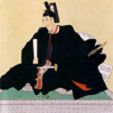

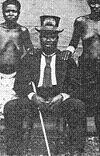
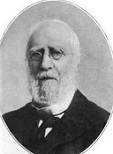
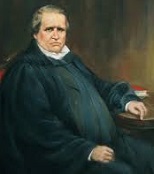










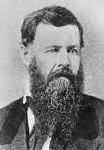

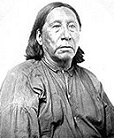




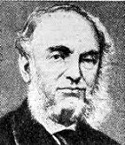






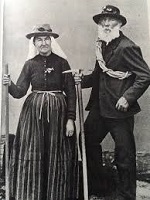
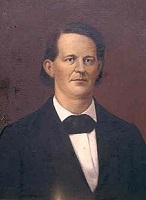



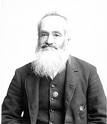


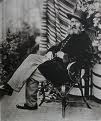


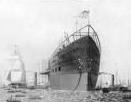
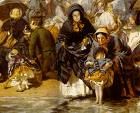




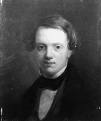

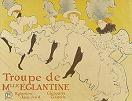
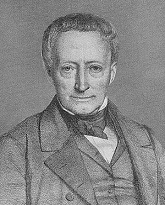
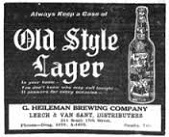
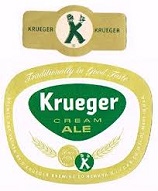
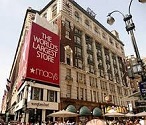
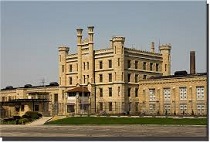
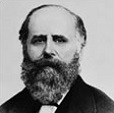
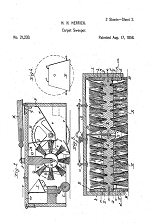
1858 Chinese immigrants begin coming to Canada; the first Chinese immigrant arrives in New York City; quick-on-the-draw Calif. passes a law banning entry of Chinese, and Mongolians too. On Jan. 4 Gov. Robert J. Walker has the Kansas Legislature vote the Lecompton Constitution up or down: 10,226 vote against it, 138 for it with slavery, 24 for it without slavery; Pres. Buchanan breaks with Walker and supports it, then Sen. Douglas breaks with Buchanan, dividing the Dem. Party; in Mar. the U.S. Senate accepts it, but the House balks, adding an amendment requiring a carefully supervised popular vote in Kansas first; on Aug. 2 Kansas voters reject Lecompton by 11,300 to 1,788, and Kansas becomes a free state. Ask your doctor if which anti-depression drug is right for you? On Jan. 12 after being nominated last Dec. 9 by Pres. James Buchanan, and vigorously opposed by anti-slavery forces, Rumney, N.H.-born "Old Yankee" strict constructionist (Doughface Dem.) Nathan Clifford (1803-881) is confirmed by the U.S. Senate by a slim 26-23 vote as U.S. Supreme Court justice #34 (until July 25, 1881) to replace Benjamin R. Curtis (1851-57), keeping the court at nine members; no more changes until 1860. The original Titanic? On Jan. 14 (eve.) Italian revolutionaries led by Count Felice Orsini (b. 1819) (leader of the Carbonari) attempt the life of Emperor Napoleon III by throwing three bombs at his carriage as he leaves the Rue Le Peletier opera house in Paris, which was showing Rossini's "William Tell", but the crowd around him absorb the explosion; Orsini's friend Pieri is arrested before the explosion, Gomez and Rudio after; after a brilliant but futile defense by Jules Favre (1809-80), Orsini is guillotined on Mar. 13, after writing a famous Letter to Napoleon III exhorting him to take up the cause of Italian freedom (he had been involved in the revolutionary cause as a young man, and the assassins thought he had betrayed them); too bad, after the whole affair makes Napoleon III more popular, and the British origin of the bombs causes a brief anti-British furor, he fixes their wagons instead, leading to severe repression and the Italian War; Favre becomes a star and is elected as a deputy for Paris. On Jan. 15 a conservative coup in Mexico causes pres. (since Dec. 11, 1855) Ignacio Comonfort to flee the country, and Benito Juarez (1806-75) becomes pres. #26 of Mexico (until July 18, 1872), but is also forced to flee Mexico City, and holes up in Vera Cruz, where he gains diplomatic recognition by the U.S., and initiates sweeping reforms, incl. disestablishment of the Roman Catholic Church and confiscation of church property except bldgs. On Jan. 17 the city of Canon (Cañon) City, Colo. in Fremont County on the Arkansas River in SC Colo. (modern-day pop. 16K), named for the nearby Royal Gorge of the Arkansas River is laid out for Pikes Peak Gold Rush miners by people who never live there, after which in late 1859 a new party jumps their claim, putting up the first bldg. in Feb. 1860 as a commercial center for mining in South Park and the Upper Arkansas River; a gringo journalist leaves the tilde out of the Spanish word for canyon and it takes decades to put it back in; it is incorporated on Apr. 3, 1872; in 1861 the town sends two cos. of volunteers to serve with the 2nd Colo. Infantry, fighting in N.M., Okla., and Mo. until 1865; in 1862 A.M. Cassaday strikes oil 6 mi. N of town, becoming the first commerical oil well W of the Mississippi River; after gold is discovered in Cripple Creek in 1891, several smelters are built; it goes on to become the home of nine state and four federal prisons, incl. the Colo. Territorial Correctional Faciity (1871), with a Welcome sign reading "Corrections Capitol of the World"; it also calls itself the climate capital of Colo. On Jan. 27 Tex. gov. #6 (1857-9) Hardin Richard Runnels commissions Capt. John Salmon "Rip" Ford (1815-97) as senior captain of the Texas Rangers, who leads the Antelope Hills Expedition into the Comancheria, winning the Battle of Antelope Hills (Little Robe Creek) on May 12 in modern-day Okla., then fights to a draw against Mexican rancher-bandito ("the Rio Grande Robin Hood") ("the Red Robber of the Rio Grande") Juan Nepomuceno Cortina Goseacochea (1824-94) in the Rio Grande Valley, after which on July 13, 1859 Cortina launches the Cortina Wars (1859-61) by shooting Brownsville, Tex. marshal Robert Shears in the arm for brutalizing a former employee, occuping the town on Sept. 28-30 with 40-80 men, going on to try unsuccessfully to reclaim for Mexico the territory between the Rio Grande and Nueces Rivers. On Jan. 31 the 692-ft.-long 118-ft.-wide 32K-ton SS Great Eastern (the biggest ship until the Lusitania), designed by Isambard Kingdom Brunel (b. 1806) is launched from the David Napier shipyards in London into the Thames River after two failed attempts last Nov. 3 and Nov. 19 (a man is killed in the first); on its trial run to Weymouth a steampipe bursts, killing five stokers, the news causing Brunel (known for smoking 40 cigars a day, sleeping as few as 4 hours a night, and suffering from kidney problems) to have a stroke and die a few days later on Sept. 15, 1859; it can carry 4K passengers, but its owner the Great Ship Co. (who bought it from the Eastern Steam Nav. Co.) can't book it up, and it gets into two accidents costing $650K in repairs, causing it to end up being chartered by the company that lays the underwater transatlantic cable in 1865. On Feb. 11 to July 16 14-y.-o. Bernadette Soubirous (1844-79) claims to have 18 visions of the Virgin Mary (or virgins of the Vision Mary?) in a niche above one of the caves of the Massabielle rocks near Lourdes, France (in the Hautes Pyrenees 12 mi. SW of Tarbes), launching the money-making racket of Our Lady of Lourdes, as herds of sick people flock to big sky country to await an appearance and get some holy water from the holy stream and get a cure - you think you have nowhere to turn, but you do? On Feb. 12 (Abraham Lincoln's 49th birthday) the 200+ black citizens of Springfield, Ill. meet to protest the Dred Scott decision. On Feb. 20 British PM Palmerston's coalition is defeated, and Conservative former PM (1852) Edward Smith-Stanley, 14th Earl of Derby (1799-1869) (AKA Lord Derby) becomes British PM, joining Disraeli to form their 2nd cabinet, which lasts a little more than a year (until June 11, 1859). In Feb. British explorers Sir Richard Burton and John Speke discover Lake Tanganyika; Speke follows native advice and discovers Lake Victoria (Nyanza) alone, identifying it as the long-sought source of denial, er, the Nile - without speaking to Richard? Why does everything I do sound like a leprechaun? On Mar. 17 the secret Fenian (Irish Repub.) Brotherhood (Fianna) is founded in New York City by James Stephens to free Ireland from English rule - Mickey Finn, Cuchulain, Fergus to the rescue? In Mar. after chartering the schooner Palestine, U.S. citizens William Parker and R.F. Ryan find guano on Johnston Atoll 860 mi. SW of the Big Island of Hawaii, claiming it for the U.S., which doesn't stop the Kingdom of Hawaii from claiming it under the name Kalama, with its smaller sister island named Cornwallis, after which on July 27 Kamehameha IV declares it annexation to Hawaii, which doesn't prevent the U.S. from mining guano until they mine it out by 1890; in 1892 HMS Champin surveys it as a possible site for a telegraph cable station, which the Hawaiian legation in London discusses on Jan. 16, 1893, one day before the Kingdom of Hawaii is overthrown by the U.S. On Apr. 14 after Calif. Bill 339 is introduced restricting immigration and residents of blacks in Calif and making it illegal to bring a slave into Calif. for the purpose of freeing him/her, the black community of San Francisco, Calif. holds a meeting in which Jeremiah Nagle, a landowner in the British colony of Vancouver Island and captain of the steamship Commodore which was making regular voyages between San Francisco and Victoria tells them about gold having been discovered in the Fraser River, and signs-up 35 blacks to go with him; by summer hundreds more follow. On May 5 Sir Colin Campbell defeats Indian rebel leader Bahadur Khan outside Bareilly, and the British declare peace in India; Campbell is created Baron Clyde; the British govt. finally takes over the rule of India from the British East India Co., giving it to a secy. of state who has to be a member of the cabinet and directly responsible to Parliament, with official title of viceroy of India, starting with Indian govt.-gen. (since Feb. 1856) Charles John "Clemency" Canning, 1st Earl Canning (1812-62) on Nov. 1 (until Mar. 21, 1962); a white English elite now rule India, considering themselves racially superior to those whom they rule, but they make the mistake of educating a native Indian elite to aid their admin., who later turn on them after reaching out to a whole new fan base. On May 11 "North Star State", "Gopher State", "Land of 10,000 Lakes" Minnesota (Minn.) is admitted as the 32nd U.S. state (free) (motto: "L'Etoile du Nord", "The North Star"), becoming the 2nd (last) state that has land on both sides of the Mississippi River after La.; there are now 17 free and 15 slave states. On May 23 a party from Auraria, Ga. led by William Greeneberry "Green" Russell (1818-77) arrives at the head of Cherry Creek in Colo. near the South Platte River at the W edge of the Great Plains on the 150-mi. Front Range of the Rocky Mts., and come up empty, going on to prospect on all the streams N to the Cache la Poudre River, returning in early July to the Platte River and camping in Little Dry Creek S of modern-day Denver, discovering gold and taking 20 oz. (several hundred dollars' worth), after which old trader John Cantrell returns to Kansas City with the good news backed up by samples, causing newspapers to start the Colo. (Pike's Peak) Gold Rush, during which 50K migrate within a year and 100K+ migrate by the time of the creation of Colo. Territory on Feb. 28, 1861, with the motto "Pike's Peak or Bust", although no gold is discovered within 50 mi. of it; meanwhile in Oct.-Nov. a party from Lawrence, Kan. that arrived near Pueblo on July 4 settles on the Platte River N of Denver, building 20-30 log cabins, which they call Montana City; on Oct. 29 a large number of prospectors that heard of the Russell discovery begin settling on both sides of Cherry Creek; on Nov. 1 the town of Auraria SE of the confluence of Cherry Creek and the South Plate River is founded three weeks before Denver by the Russell party; on Nov. 6 an election is held, and H.J. Graham is selected to travel to Washington, D.C. to talk Congress into organizing a new territory in vain, while A.J. Smith is sent to the Kan. Territorial legislature to do ditto, and they bite, establishing Arapahoe County in the W part of Kan. Territory to the crest of the Rocky Mts.; next Apr. a convention is held there to create the provisional State of Jefferson, which is never recognized by the U.S. govt.; on Nov. 22 Leavenworth, Kan. settler "General" William H. Larimer Jr. (1809-75) arrives, settling on a hill across Cherry Creek from Auraria, laying cottonwood logs along a 1 sq. mi. parcel of land to stake his claim, which he calls the mile-high (5,280 ft. elev.) city of Denver, Colo. (modern-day pop. 690K/2.8M), named after Winchester, Va.-born Kansas Territorial Gov. #5 (since Dec. 1857) James William "Jim" Denver (1817-92), opening the first store in Denver to service miners working in placer mines, founding the Denver Land Co. to sell tracts, calling Colo. "the most picturesque country in the world, with fine air, good water, and everything to make a man happy and live to a good old age" and trading tracts in Denver for grubstakes and gambling debts until the mines peter-out by 1860, causing tens of thousands to return home; the Denver streets are laid out parallel to the S bank of Cherry Creek near its confluence with the Platte River, ending up diagonal to the four cardinal directions, running from 13th St. N to 38th St., and E from Wawatta St. to Wazee St., Blake St., Market St., Larimer St., Lawrence St., Curtis St., Champa St., Stout St., California St., Walton St., Glenarm Pl., Tremont Pl., and Court Pl., ending at the intersection of W Colfax Ave. and Broadway, site of Civic Center Park and the Colo. State Capitol; on Apr. 6, 1860 Auraria is incorporated into Denver, becoming known as West Denver; Southern Arapaho chief Little Raven (Crow) (Hosa) (Oh-has-tee) (1810-89) welcomes the paleface settlers to the Denver gold camp, causing them to name Arapahoe St.; the Indian tribes are pushed S into the Arkansas River Valley; next year Larimer founds Mount Prospect (Prospect Hill) Cemetery in Denver on Arapaho land, which is converted to Cheesman Park in 1907; the real Denver visits Denver in 1875 and 1882 and receives little attention? On June 16 Abraham Lincoln, Repub. nominee for U.S. Senate from Ill. gives his House Divided Speech on the slavery issue in Springfield, Ill., uttering the immortal soundbyte: "A house divided against itself cannot stand" - you're working on my nerves asking me all these questions? On June 18 the Treaty of Tianjin (Tientsin) between France, U.K., Russia, and the U.S. ends the first part of the Second Opium War (1856-60), and allows cigarettes to be imported into China duty-free, causing tobacco addicts to replace opium addicts; by 1900 China is totally penetrated by foreign-owned tobacco co. On June 30 after working to improve Spain's railways,increase industry in Navarre and Catalonia, and promote a new aggressive imperial policy in Africa, Gen. Leopoldo O'Donnell becomes PM #48 of Spain (until July 10, 1866). On July 10 Abraham Lincoln gives an important speech in Chicago, Ill., and another on July 17 in Springfield, Ill. On July 29 the Harris Treaty (U.S.-Japan Treaty of Amity and Commerce), negotiated by U.S. envoy Townsend Harris finally opens the U.S. to trade with Japan, effective July 4, 1859; Britain also obtains entry for British trade in five Japanese ports (incl. Yokohama), with the establishment of diplomatic and consular reps. In July the U.S. and Britain make a 2nd attempt to lay an underwater transatlantic cable, but the cable breaks 3x and they give up again; on July 29 they make a third attempt, which succeeds on Aug. 5, when a telegraph message is sent from the Niagara in Newfoundland to the Agamemnon in Valentia Bay, Ireland; New York City holds a celebration on Sept. 1, only to find that the cable had stopped functioning; a Board of Inquiry in 1860 clears Field of wrongdoing and suggests a new attempt be made after a better cable is designed, and a 4th attempt is made in 1865. On July 4 Congress authorizes a new U.S. flag with 32 stars (design #14), which now incl. Minn. - with 10K lakes created by Babe the Blue Ox? On July 28 all 13 economists in Parliament vote to extend full civil rights to Jews, incl. the right to become skilled tradesmen and conduct business w/o taking Christian oaths; the Chuts begin immigrating to London from the Netherlands, engaging in cigar making et al.; Jewish Lord Lionel Nathan de Rothschild (1808-79) is finally allowed to take his seat in the British Parliament after being elected 5x, becoming its first-ever Jewish member, serving until 1874 for the city of London; they kept him out since 1847 by requiring him to swear "upon the true faith of a Christian" - have you had an unusual experience and need Sylvia Brown's help? On Aug. 5 a Land Law is passed in Egypt, intended to gives tate land (kharajiyya) to freeholders by the end of the cent.; too bad, large landowners suck up 44% of the land by 1913 and many peasants end up as sharecroppers. On Aug. 5 Julia Archibald Holmes becomes the first woman to ascend Pikes Peak in Colo., along with her husband and two other men; she wears bloomers, a short dress and mocassins, calling her outfit her "American costume". On Aug. 11 the 13,020 ft. (3,970m) Eiger (Ger. "ogre") Mt. in the Bernese Alps is first climbed by Swiss climbers Christian Almer (1826-98) and Peter Bohren, and Irish merchant Charles Barrington (1834-1901) (west face); the north face is climbed in 1938 by an Austrian-German expedition; since 1935 64+ climbers have died attempting the north face, earning it the nickname "Mordwand" (murder wall); Almer goes on to summit the Monch (1857), Gross Fiescherhorn (1862), Barre des Ecrins (1864), Aiguille Verte (Mont Blanc Massif) (1865), Grand Cornier (1865), Nesthorn (1865) et al.; in 1898 72-y.-o. Almer summits the Wetterhorn. On Aug. 16 a telegraph message from British Queen Victoria to U.S. Pres. Buchanan is transmitted over the new transatlantic cable - shut Lincoln the f--- up? On Aug. 21 the seven Lincoln-Douglas Debates in Ill. between beardless Abraham Lincoln (1809-65) and Stephen Arnold Douglas (1813-61) begin in Ottawa, followed by Freeport on Aug. 27, Jonesboro on Sept. 15, Charleston on Sept. 18, Galesburg on Oct. 7, Quincy on Oct. 13, and Alton on Oct. 15. On Aug. 26 the Yakima War ends with the Battle of Four Lakes near Spokane, and the loser Yakimas are removed to their own Yakima Rez. On Aug. 27 the Second Lincoln-Douglas Debate is held in Freeport, Ill.; Douglas disrupts the Dem. Party by his pro stand on the Dred Scott decision, which becomes known as the Freeport Doctrine, uttering the soundbyte that the signers of the Declaration of Independence "had no reference to negroes at all when they declared all men to be created equal"; Lincoln admits that there is "a physical difference between the white and black races" that would "forever forbid the two races living together on terms of social and political equality"; slavery, however, is monkey doo and should be contained so that "the public mind shall rest in the belief that it is in the course of ultimate extinction", and tries to prove that the Constitution doesn't protect slavery; as to popular sovereignty, "No man can logically say he don't care whether a wrong is voted up or down"; Douglas wins the debates, but the publicity plus a book with the text edited by him makes Lincoln a household name. On Sept. 2 a Lincoln-Douglas debate is held in Clinton, Ill., in which Stephen Douglas accuses Abraham Lincoln of being in favor of Negro equality, and he replies: "He's not in favor of it to the extent Douglas would have them believe, but that he did believe that the colored man had as much right to eat the bread earned by the sweat of his own face as Douglas himself, or any other living man, and that was the thing that really caused the general debate between Douglas and Lincoln in the state of Illinois" (Vespasian Warner); Lincoln allegedly utters the immortal soundbyte: "You can fool all the people some of the time and some of the people all the time, but you cannot fool all the people all the time"; there is no documentation until a Prohibition Party convention on Sept. 9, 1885?; the saying becomes one of the most popular advertising slogans in the U.S., esp. around his birthday Feb. 12, incl. Gimbels, Macy's, Old Crow Rye, R.M. Rose Distillery, Knickerbocker Beer, Harwood's Canadian Whiskey, Calvert Extra Whiskey, Steinway Pianos, Mazola Corn Oil, Puritan Malt Extract, Hydrox Ice Cream, Borden Eagle Brand Condensed Milk, Postum coffee substitute, Nucoa bread spead, Pillsbury's Best Flour et al. On Oct. 17 a group of gold prospectors from Fort St. Vrain 30 mi. to the E led by Capt. Thomas Aikens camp in Red Rocks on Boulder Creek in modern-day Settler's Park at the mouth of Boulder Canyon in Boulder Valley in Arapaho territory near the camp of Southern Arapaho chief Niwot (Left Hand) (1825-64) in Valmont Butte, who rides to their camp to warn them to leave, but allegedly changes his mind after being wined, dined, and liquored-up, then having a dream of a flood washing his people away but letting the whites survive, welcoming them after uttering Niwot's Curse of the Boulder Valley: "People seeing the beauty of this valley will want to stay, and their staying will be the undoing of the beauty"; he actually only let them build cabins to live in for the winter, and after gold is discovered Aikens reneges on his promise, forming the Boulder City Town Co.? On Oct. 28 R.H. Macy & Co. on 6th Ave. between 13th and 14th Sts. in New York City (far N of other dry goods stores) is founded by failed retail dry goods store owner Rowland Hussey Macy Sr. (1822-77), doing $11.08 sales the first day; the logo features a star based on a tattoo that Macy got as a teen sailor on the Nantucket whaling ship Emily Morgan; in 1902 it moves to Herald Square at 34th St. and Broadway even more N of the other dry goods stores, running a steam wagonette to transport customers, expanding to take over the entire block bounded by 7th Ave., Broadway, 34th St., and 35th St., becoming the world's largest store; on Nov. 24, 1927 the first Macy's Thanksgiving Day Parade is held; on Dec. 19, 1994 it merges with Federated Department Stores; in the 1920s it begins expanding throughout the New York City area, moving into other states in 1983; on Feb. 28, 2005 it buys May Department Stores Co. for $11B. On Oct. 30 William Hardaker sells 5 lbs. of tainted zebra-striped humbugs (peppermint-flavored hard candy) from his stall in Green Market, Bradford, England, poisoning multitudes with arsenic, leading to the passing of the 1868 Pharmacy Act. On Nov. 8 the 1858 U.S. nat. election sees the Buchanan admin. lose control of the U.S. House, giving the Repubs. control for the first time (116 vs. 83) as the Dems. become divided over the slavery issue and the Am. Party collapses (5); Lincoln loses the Ill. U.S. Senate election in the legislature to Douglas by 54-1 despite receiving more total votes to elect the state reps involved; meanwhile 19 former Whigs form the Opposition Party in the U.S. House (ends 1860), which ends up allying with the Repubs. against the Dems. - there must be something we can do? On Dec. 23 after refusing to support the victorious Western allies in the Crimean War, Serbian prince (since 1842) Aleksandar Karadordevic is overthrown by the winners and flees into exile, and Milos Obrenovic I returns as prince of Serbia (until Sept. 26, 1860). On Dec. 31 New York City mayor #73 (since Jan. 1 1855) (grand sachem of Tammy Hall) Fernando Woods is defeated for reelection by Daniel Fawcett Tiemann (1805-99) (nephew-in-law of Peter Cooper) by 3K votes despite the Dead Rabbits gang stuffing the ballot box using names from city cemeteries; in 1860 Wood is elected for a 2nd term (until 1862). In Dec. 1858 Highland, Colo. is founded by William Larimer Jr. in North Denver on high ground on the W side of the South Platte River Valley overlooking Auraria and Denver, with a bridge built on 15th St. across the Platte River to connect it to them, permanently isolating it from Denver's wildlife-filled river, railroad yards, and smog; in 1875 Owen Le Fevre et al. petitions Arapahoe County to establish a village govt., and in 1885 after annexing Potter Highland and Highland Park the city of Highlands is incorporated, with most of the pop. consisting of Repub. Protestants, incl. many Freemasons, who build the beautiful Highlands Masonic Temple at 36th Ave. and Federal Blvd.; Highland is annexed by Denver in 1896; the streets running N from Federal Blvd. are named after U.S. Civil War Union gens., incl. Grove, Hooker, Irving, Julian, King, Lowell, Meade; TLW lives at 23rd Ave. and Hoooker St. in Highland in 1982-2010. Russia and China sign the Treaty of Aigun (Aygun), negotiated by Nikolai Muravyov, an "unequal treaty" extending the Russian border to the Amur River, incl. Priamurye, Sakhalin Island and most of Primorsky and Khabarovsk, and granting Russia free access to the Pacific Ocean, getting Muravyov a promotion to Count Amursky ("of the Amur River"); to get new settlers he ends up importing Baikal Cossacks and Nerchinsk peasants. Prince William of Prussia is declared regent for insane King Frederick William IV. Alexander Karageorgevich is deposed by the Serbian Diet, and Milos Obrenovic (1780-1860), richest man in Serbia is declared king again (1st time 1815-39). Shogun (since 1853) Tokugawa Iyesada (b. ?) dies, and Tokugawa Iyemochi (Iemochi) (1847-66) becomes Tokugawa shogun #14 of Japan (until July 20, 1866), going on to become the shogun introduced at gunpoint to white-is-rice U.S. Commodore Matthew Perry. After dictator Manuel Montt of Chile names Antonio Varas de la Barra (1817-86) as his successor, many conservatives unite with liberals against him, causing him to imprison all their leaders, triggering a popular backlash and civil war (ends 1859). King (since 1818) Ghezo dies, and his son Badohou becomes Glele (-1889), king #10 of Dahomey (Benin) in W Africa (until 1889), making treaties with the French but snubbing the English because of their more stringent attitude toward their little down-home institution of slavery. King (since ?) Lobe a Bebe dies, and his son Ndumbe Lobe Bell (1839-97) becomes king of the Duala people of S Cameroon, watching the Germans take control of the region in 1884. The British govt. dissolves the East India Co. and separates Bombay, India (the former East India Co. region, which incl. Gujarat, Kathiawar, Aden, Sind, and various towns) as a presidency (until 1937); John Stuart Mill (1806-73), chief of the British examiner's office retires and moves to St. Veran (Véran) (near Avignon) in France (until 1865). After being offered a $10K bribe by paleface emissary Chief Wild Cat, Seminole Chief Billy Bowlegs and his 123 men surrender to Ft. Myers, Fla. and move on ships, embarking at Billy Creek (which flows into the Caloosahatchee River), landing in New Orleans, travelling to Ark. and ending up in Indian Territory in Okla., where he uses his cash to become a major Southern planter with 20+ slaves. The Kingdom of Rarotonga is founded on Rarotonga, most populous of the Cook Islands; in 1888 it becomes a protectorate of Britain, and in 1893 its name is changed to Cook Islands Federation. The Ottoman Empire passes the Ottoman Penal Code, decriminalizing homosexuality - after all, every pasha does it? John Brown returns from Kansas to the east, and at Chatham, Canada he and 11 white and 35 black associates adopt a Provisional Constitution and Ordinance for the People of the United States, with Brown as CIC; soon afterwards he moves to a farm near Harpers (no apostrophe) Ferry, Va. at the N terminus of the Blue Ridge Mts. David Livingstone resigns from the London Missionary Society, and is appointed British consul at Quelimane for the E African coast with authority to lead another expedition into E and C Africa, going up the Shire River (tributary of the Zambezi). British explorer John Hanning Speke (1827-64) discovers Lake Victoria in E Africa, identifying it as the long-sought source of denial, er, the Nile. On the orders of Pope Pius IX, papal police abduct 6-y.-o. Jewish boy Edgardo Mortara from his parents and raise him a Roman Catholic after claiming he was secretly baptized a Catholic by a 14-y.-o. maid, causing a firestorm of controversy and stinking up Pius IX's name; on Sept. 3, 2000 Pope John Paul II beatifies Pius IX, reigniting the controversy. Arabic begins replacing Turkish as the admin. language in Egypt. Gold is discovered in the Central Fraiser River and Cariboo Mountains. The Great French Wine Blight begins when the tiny pale yellow sap-sucking Grape phylloxera insect pest of the aphid family is accidentally introduced into France grapevines from the E U.S., and infects vines throughout S Europe before spreading worldwide, destroying the French wine industry until new vines combining the resistant Am. rootstock are grafted to Euro vines. The city of Carson City, Nev. on the E edge of the Carson Range of the Sierra Nevadas 30 mi. from modern-day Reno (alt. 4.8K ft.) is founded as a trading post, named for Kit Carson, experiencing a pop. surge from the 1859 Comstock Lode strike; in 1864 it becomes the capital of Nev., with the Virginia and Truckee Railroad connecting it with Virginia City, along with a log flume; in 1870-93 the Carson City Mint strikes gold and silver coins; by 1880 it becomes home to 1K+ Chinese immigrants (railroad workers), 20% of the pop.; too bad, after the Central Pacific Railroad builds a line through Donner Pass to the N, pop. begins to decrease. Ancient Corinth in Greece is destroyed by a 6.5 earthquake, and the city of New Corinth (Nea Korinthos) (modern-day pop. 38K/58K) is built 1.9 mi. to the SW on the Gulf of Corinth 48 mi. W of Athens; in 1928 a 6.3 earthquake destroys it, and it is rebuilt, and ditto after a great fire in 1933. The 27K-ton 692-ft. iron-hulled 5-funnel SS Great Eastern is launched, becoming the world's largest steamship (until 1901), designed to go round-trip from England to Australia around the Cape of Good Hope without refueling; it proves a financial failure, lays the transatlantic cable, and is scrapped in 1888. Am. Catholic priest Isaac Thomas Hecker (1819-88) (of German parentage, raised a Methodist) founds the Paulist Fathers (Missionary Society of St. Paul the Apostle), becoming the first religious order of priests created in North Am.; they use the intials "CSP" after their names; their motto "Allons au peuple" (Let's go to the people), along with attempts at social works and intermingling of priests with the people pisses-off conservative Catholics, ending in a papal letter in 1899. The Mutter (Mütter) Museum in Philadelphia, Penn. starts out as a collection of medical specimens and oddities donated by Dr. Thomas Bent Mutter, becoming part of the College of Physicians. Former Ohio schoolteacher James A. Garfield (b. 1831) marries Lucretia "Crete" Rudolph (1832-1918); they have 5 sons and 2 daughters. Ex-pres. Millard Fillmore fills the void in his life caused by the untimely (1853) death of his first wife Abigail (b. 1798) by marrying 15-years-younger Mrs. Caroline Carmichael McIntosh (1813-81); they have no children - but fork hay like billy goats? Charles Dickens begins touring and giving public readings of his works. After finishing a tour of Germany, France and England (1857), Anton Rubinstein (1829-94) becomes court pianist and conductor in St. Petersburg. Mormon missionary William Hamblin shoots the bottom off a tobacco pipe from 25 yds. without breaking the bowl at freshwater Pipe Spring, Ariz., giving it its name; it becomes a U.S. monument in 1923. The Gen. Medical Council begins meeting in London, regulating doctors and ensuring good medical practices. The Suez Canal Co.is formed. William Mahone (1826-85) of Southampton County, Va. builds the Norfolk & Petersburg Railroad through the Great Dismal Swamp near Norfolk, Va., then when the U.S. Civil War breaks out becomes a Confed. gen., known as "Little Billy" for his stature, and after the war returns as pres. of Norfolk & Western. Chicago's first paid fire dept. is formed (reorganized in 1871 after the cow episode?). After the original museum (founded 1835 near the Ezbekeyah Garden) is moved to Cairo Citadel, and in 1855 gives all its artifacts to Archbuke Maximilian of Austria, the new Egyptian Museum (Museum of Egyptian Antiquities) s founded in Boulaq, Egypt on the Nile River by Boulogne-sur-Mer-born French archeologist-Egyptologist Francois Auguste Ferdinand Mariette (1821-81); in 1878 it is damaged in a flood, and in 1891 is moved to the Giza District of Cairo before moving in 1902 to Tahrir Square; next year Mariette founds the Supreme Council of Antiquities (SCA) in the Egyptian Ministry of Culture, which requires all foreign archeologists in Egypt to report their finds before pub. and oversees the recovery of stolen or illegally exported antiquities. The Cooper Union for the Advancement of Science and Art is presented to New York City by industrialist Peter Cooper (1791-1883) for educating working class men and women in business. German-born conductor-pianist Sir Charles Halle (Hallé) (1819-65) establishes the Halle (Hallé) Concerts in textile town Manchester, England - I'm just a redneck woman I ain't no high class broad? The Wiener Singakademie (Vienna Singing Academy) is founded, becoming known for great choir singing. Paris-born English artist George du Maurier (1834-96) begins drawing caricatures for Punch satirizing the middle and upper classes. Charles Frederick Worth (1826-95) of England founds Worth & Bobergh at 7 Rue de la Paix, becoming the first haute couture fashion house in Paris, turning tailoring from a trade to an art and gaining rich customers such as Empress Eugenie, Cora Pearl, Austrian princess Pauline de Metternich and Sara Bernhardt, becoming known as "the Father of Haute Couture"; his Visite style dress of 1885, made with white silk with braid and bead trimming becomes his biggest hit, and his silk satin presentation dress of 1895 is a big hit among debutantes. G. Heileman Brewing Co. is founded in La Cross, Wisc. by Wurttemberg, Germany-born Johann Gottlieb Heileman (1824-78), who eschews nat. distribution, allowing rival Anheuser-Busch to fill the gap; in 1902 it introduces Heileman's Old Style Beer; in 1959-80 it acquires 13 breweries (incl. Blatz, Black Label, Olympia, Rainier, Schmidt's, and Wiedemann) and becomes the 3rd largest brewery in the U.S. behind Anheuser-Busch and Miller before losing control to Alan Bond of Australia in 1987, who finances the acquisition with junk bonds, causing it to be sold in 1994 to equity firm Hicks and Muse, who in 1996 sells it to Stroh Brewery, which in 1998 is acquired by Pabst Brewing Co. Gottfried Krueger Brewery Co. is founded in Newark, N.J. by Gottfried Kueger (1837-1926) and his uncle John Laible (-1875), reaching 182K barrels/year in 1900, and merging with Hupfel Brewery and Peter Hauck Brewery in 1908 to form the United States Brewing Co.; on Jan. 24, 1935 Krueger Brewery introduces the first beer in cans, reaching 1M barrels/year in 1953; it closes in 1961. Swiss immigrant master baker Casper Gloor begins baking hand-twisted Tell City brand pretzels in Tell City, Ind., becoming known for their super-hard crunch. Sports: The Nat. Assoc. of Base Ball Players is formed, becoming the first prof. assoc. of baseball players in the U.S.; the Harwood Co. begins manufacturing horsehide baseballs. The term "hat trick" is coined after a cricket bowler takes three consecutive wickets, impressing the spectators so much that they present him with a hat. Architecture: English architect Sir Charles Barry (1795-1860) designs the 3rd Covent Garden Opera House in London. Joliet (Ill. State) Penitentiary in Joliet, Ill. opens, later made famous by the 1980 film "The Blues Brothers"; it closes in 2002. The South Foreland Lighthouse on the White Cliffs of Dover, England is lit by electricity. The rebuilding of the Ringstrasse in Vienna begins (ends 1865). Inventions: On Feb. 2 Edwin Holmes of Boston, Mass. patents the first practical electric burglar alarm after improving the first patent issued to Augustus Russell Pope on June 21, 1853. On June 11 Lucius A. Bigelow of England patents (1,327) an improvement on James Humes' sweeping machine; on Aug. 17 Hiram H. Herrick of East Boston, Mass. patents the first carpet sweeper (#21,233); on Sept. 21 and Nov. 23 Alfred Vincent Newton of England patents (2,122 and 2,660) more improvements; too bad, they're all hard to use and inefficient, and are commercial flops. On Nov. 30 Am. tinsmith John Landis Mason (1832-1902) of Philly receives U.S. patent #22,186 for an airtight watertight screw-top glass fruit Mason Jar, useful for storing sweetmeats; its use for preserves causes white sugar to replace maple sugar and molasses for home cooking, and causes white sugar usage to double in the U.S. by 1915; he also invents the screw-top salt shaker to make sure that hypertension and diabetes go hand-in-hand?; too bad, his patent expires in 1879, and competitors steal it, and he ends up dying in poverty in a New York City tenement house in 1902. The eraser-top pencil is patented by Hyman Lipman of Philadelphia, Penn. - pencil in lip jokes here? Baltimore, Md. mechanic Charles Moncky invents the monkey wrench - just in time to celebrate Darwin? The can opener is patented by Ezra J. Warner of Waterbury, Conn.; it is shaped like a bent bayonet, and is so dangerous that it is operated only by clerks at grocery stores; the first safe can opener is patented in 1870 by William Lyman of West Meriden, Conn. William Thomson (later Lord Kelvin) invents the Mirror Galvanometer. Conn.-born abolitionist mathematician Elizur Wright (1804-85) reforms life insurance by getting a law passed in Mass. requiring insurance cos. to hold reserve funds based on a formula he discovered, becoming known as "the Father of Life Insurance and Insurance Regulation". Science: Stanislao Cannizzaro (1826-1910) of the U. of Genoa first explains the difference between an atom, molecule, and compound, permitting reliable atomic weights to be determined. David Tucker pub. the case of Leonard Trask (1805-61), who has an advanced case of ankylosing spondylitis (fusing spine), causing his head to touch his chest. After young unknown English naturalist Alfred Russel [one l] Wallace (1823-1913) sends shy, always-sick old man Charles Darwin (1809-82) a letter claiming discovery of the Theory of Evolution by Natural Selection, Darwin finally quits stalling, and on July 1 they pub. independent papers and reveal the theory at a scientific meeting, with Darwin given precedence. German chemist Friedrich August Kekule (Kekulé) von Stradonitz (1829-96) and Scottish chemist Archibald Scott Couper (1831-92) independently pub. the theory of chemical bonds, suggesting that carbon is tetravalent, and that carbon-carbon bonds are the key structural feature of organic compounds, becoming the key insight that gets modern organic chemistry cooking? German mathematician August Ferdinand Mobius (Möbius) (1790-1868) and German mathematician Johann Benedict Listing (1808-82) independently discover the Mobius (Möbius) Band (Strip); he doesn't pub. it until 1865 - after exhausting all the military possibilities? The first orchid is hybridized - by 2004 even actor Alec Baldwin could do it? Microscopic examination of chalk leads to the discovery that it is composed of seashells - she sells them by the seashore jokes here? The first relatively complete dinosaur skeleton, Hadrosaurus foulkii is found in Haddonfield, N.J. by fossil hobbyist William Parker Foulke, and excavated by U.S. vertebrate paleontologist Joseph Leidy (1823-91). Scottish physicist Balfour Stewart (1828-87) pub. the fact that radiation takes place throughout the interior of a radiating body, and that there is a microbalance between radiation and absorption throughout. Nonfiction: Pierre-Jean de Beranger (1780-1857), Ma Biographie (autobio.) (posth.). Sir John Charles Bucknill (1817-97), Manual of Psychological Medicine: Containing History, Nosology, Description, Statistics, Diagnosis, Pathology, and Treatment of Insanity, with an Appendix of Cases. Henry Charles Carey (1793-1879), The Principles of Social Science (3 vols.) (1858-9); claims the existence of a natural system of laws that increases prosperity of the whole community esp. the working classes as long as the govt. adopts the Colbert system that protects manufactures and builds farm roads, rejecting Malthusianism and the law of diminishing returns from land along with the Ricardian theory of rent. Thomas Carlyle (1795-1881), History of Friedrich II of Prussia, Called Frederick the Great (6 vols.); about Frederick II the Great (1712-86), based on trips to Germany in 1852 and 1858, calling the work his "Thirteen Years War"; portrays Freddy the Great as a genius who can bring victory out of chaos in every battle, getting adopted by German military academies but receiving a mixed reception at home, causing him to get depressed; a coincidence that his neglected wife becomes an invalid this year?; "Infinitely the wittiest book that was ever written" (Ralph Waldo Enerson); "The figures of most historians seem like dolls stuffed with bran, whose whole substance runs out through any hole that criticism may tear in them; but Carlyle's are so real in comparison, that, if you prick them, they bleed" (James Russell Lowell); "Happy the people whose annals are blank in history-books." Thomas Reade Rootes Cobb (1823-62), An Inquiry into the Law of Negro Slavery in the United States of America; by a secessionist slave holder reporter for the Supreme Court of Ga. in 1849-57; "This inquiry into the physical, mental, and moral development of the negro race seems to point them clearly, as peculiarly fitted for a laborious class. The physical frame is capable of great and long-continued exertion. Their mental capacity renders them incapable of successful self-development, and yet adapts them for the direction of the wiser race. Their moral character renders them happy, peaceful, contented and cheerful in a status that would break the spirit and destroy the energies of the Caucasian or the native American." Moncure D. Conway (1832-1907), Tracts for To-day. Dinah Craik (1826-87), A Woman's Thoughts about Women. Victor Cousin (1792-1867), Du Vrai, du Beau et du Bien. Eugene Fromentin (1820-76), Une Annee dans le Sahel. Theophile Gautier (1811-72), Histoire de l'Art Dramatique en France (6 vols.) (1858-9). Archibald Geikie (1835-1924), The Story of a Boulder; or, Gleanings from the Note-Book of a Geologist. Ivan Goncharov (1812-91), The Frigate Pallas (Pallada) (2 vols.); his Far East travels from 1852-5 as secy. of Adm. Yvfimy Putyatin (1803-83). Asa Gray (1810-88), How Plants Grow. Henry Gray (1827-60), Gray's Anatomy: Descriptive and Surgical; wows readers with its 700 pages and 363 medical illustrations. Henry William Herbert (1807-58), The Horse and Horsemanship in the United States and British Provinces of North America (pub. under alias Frank Forester). Oliver Wendell Holmes Sr. (1809-84), The Autocrat of the Breakfast Table; first pub. in "Atlantic Monthly"; "every man his own Boswell" - all he needs is his Johnson? Thomas Henry Huxley (1825-95), The Theory of the Vertebrate Skulls. LDS Church, History of Joseph Smith; "a narrative of the prophet Joseph Smith"; a compilation of the works of scribes written in 1839-56 revised by Brigham Young; in 1902-12 a 7-vol. definitive ed. edited by Warrington, Lancashire, England-born Brigham Henry "B.H." Roberts (1857-1933) is pub. under the title "History of the Church of Jesus Christ of Latter-day Saints"; Roberts dies of diabetes on Sept. 27, 1933 in Salt Lake City, Utah, leaving Studies of the Book of Mormon (pub. in 1985), questioning whether Joseph Smith Jr. really was divinely inspired to write the Book of Mormon, or plagiarized it from Ethan Smith's 1823 "View of the Hebrews", and merely had a good imagination, freaking-out the church because he was an insider not outsider, and seems to have lost his faith. Lola Montez (1818-61), The Arts of Beauty - the Bimbo-to-Diva Bible? John Muir (1810-82), Original Sanskrit Texts (5 vols.) (1858-70); claims that caste did not exist in the Vedic age. Sir William Muir (1819-1905), A Life of Mahomet and History of Islam to the Era of the Hegira (4 vols.) (1858-61); 2nd ed. 1878; 3rd ed. 1894; by a Scottish Orientalist with a knowledge of Arabic; "It is incumbent upon us to consider this question from a Christian point of view, and to ask whether the supernatural influence, which... acted upon the soul of the Arabian prophet may not have proceeded from the Evil One... Our belief in the power of the Evil One must lead us to consider this as at least one of the possible causes of the fall of Mahomet... into the meshes of deception... May we conceive that a diabolical influence and inspiration was permitted to enslave the heart of him who had deliberately yielded to the compromise with evil"; Islam brings three "Radical Evils": "First: Polygamy, Divorce, and Slavery strike at the root of public morals, poison domestic life, and disorganise society; while the Veil removes the female sex from its just position and influence in the world. Second: freedom of thought and private judgment are crushed and annihilated. Toleration is unknown, and the possibility of free and liberal institutions foreclosed. Third: a barrier has been interposed against the reception of Christianity"; "The sword of Muhammad and the Qur'an are the most fatal enemies of civilization, liberty and truth which the world has ever known - an unmitigated cultural disaster parading as God's will"; first uses the phrase "Satanic verses". Josiah Quincy III (1772-1864), Memoir of the Life of John Quincy Adams. Philip Schaff (1819-93), History of the Christian Church (8 vols.) (1858-90). Emily Anne Eliza Shirreff, Intellectual Education and Its Influence on the Character and Happiness of Women. Anton Heinrich Springer, History of Fine Arts in the 19th Century; "The activities of King Ludwig [I of Bavaria] made Munich the most artistically saturated and beautiful city in Germany." David Friedrich Strauss (1808-74), Ulrich von Hutten (3 vols.) (1858-60) (6th ed. 1895). BishopWilliam Stubbs (1825-1901), Registrum Sacrum Anglicanum: An Attempt to Exhibit the Course of Episcopal Succession in England, from the Records and Chronicles of the Church; a calendar of English bishops from St. Augustine. Eugene Emmanuel Viollet-le-Duc (1814-79), Dictionnaire Raisonne du Mobilier Francais (1858-75). Music: Peter von Cornelius (1784-1867), Der Barbier von Bagdad (opera) (Weimar). Jacques Fromental Halevy (1799-1862), La Magicienne (opera). Jacques Offenbach (1819-80), Orpheus in the Underworld (Orphee aux Enfers) (operetta) (Oct. 21) (Theatre des Bouffes Parisiens, Paris) (228 perf.); his first full-length operetta, after a French law limiting anything but grand opera to one act and three singers is changed in 1858; incl. his big hit The Can-Can (Cancan) (Infernal Gallop), which accompanies the music hall dance called the Can-Can, in which dancing girls repeatedly raise their long skirts to reveal petticoats and black stockings, sans panties - ooh lala how shocking? Bedrich Smetana (1824-84), Richard III, Op. 11 (symphonic poem); Wallenstein's Camp, Op. 14 (symphonic poem); Hakon Jarl, Op. 16 (symphonic poem); his Swedish Period. Art: Gustave Courbet (1819-77), The Bathers. Edgar Degas (1834-1917), The Bellini Family (1858-9). William Powell Frith (1819-1909), Derby Day. Franz von Lenbach (1836-1904), A Peasant Seeking Shelter from Bad Weather. Adolf von Menzel (1815-1905), Bon Soir, Messieurs; Frederick the Great and his circle in Lissa. Frederick Sandys (1829-1904), Mary Magdalene (1858-60). Moritz von Schwind (1804-71), The Seven Ravens (aquarelle cycle). Plays: Dion Boucicault (1820-90), The Octoroon; the beautiful daughter of a black slave woman and white plantation owner. Alexandre Dumas fils (1824-95), Le Fils Naturel. Emanuel von Geibel (1815-84), Brunhild (tragedy). Tom Taylor (1817-80), Our American Cousin (Laura Keene's Theatre, New York) (Oct. 15); the role of Asa Trenchard, a Yank who goes to England to claim the family estate is created by Joseph Jefferson (1829-1905); the play Abe Lincoln is watching when assassinated. Poetry: Dimitrie Bolintineanu (1819-72), Romanian Melodies. Robert Williams Buchanan (1841-1901), Poems and Love Lyrics (debut). William Johnson Cory (1823-92), Ionica; by the top schoolmaster at Eaton school for boys; dedicated to "pretty-faced" Charles Wood, Lord Halifax; touts the joys of man-boy love (pederasty); founds the Uranian School of Poetry. Robert Hamerling (1830-89), Venus im Exil. Henry Wadsworth Longfellow (1807-82), The Courtship of Miles Standish; about John and Priscilla Alden, to both of whom he is related; sells 10K copies the first day. William Morris (1834-96), The Defence of Guinevere; initially a flop, it becomes a classic. Novels: Edmond About (1828-85), Les Echasses (Échasses) de Maitre Pierre. Bjornstjerne Bjornson (1832-1910), Arne. Wilhelm Busch (1832-1908), Max und Moritz. George Eliot (1819-80), The Sad Fortunes of the Rev. Amos Barton. Frederic William Farrar (1831-1903), Eric, or Little by Little. Octave Feuillet (1821-90), Le Roman d'un Jeune Homme Pauvre. Theophile Gautier (1811-72), Le Roman de La Momie Karl Gutzkow (1811-78), Der Zauberer von Rom (1858-61). Margaret Oliphant (1828-97), The Laird of Norlaw. Leopold von Sacher-Masoch (1836-95), A Galician Story. Robert Smith Surtees (1803-64), Ask Mamma. Anthony Trollope (1815-82), Doctor Thorne; #3 in the Barsetshire Chronicles. Births: Austrian-Hungarian actor Josef Kainz (d. 1910) on Jan. 2 in Wieselburg, Hungary. Am. Tay-Sachs Disease neurologist (Jewish) Bernard "Bernie" Sachs (d. 1944) on Jan. 2 in Baltimore, Md.; educated at Harvard U.; collaborator of Warren Tay (1843-1927). Lithuanian Zionist founder and Hebrew revivalist (Jewish) Elieser (Eliezer) Ben-Yehuda (Ben-Yahuda) (Eliezer Yitzhak Perlman) (d. 1922) on Jan. 7 in Luzhky, Vilna; AKA Maskil (Heb. "enlightened one"); revives Hebrew as a living language and the nat. language of Israel. Belgian "Le Sphinx", "Les Tenebres" Symbolist poet Iwan Gilkin (d. 1924) on Jan. 7 in Brussels. German illustrator-photographer Rudolf Heinrich Zille (d. 1929) on Jan. 10 in Radeburg (near Dresden). Am. dept. store tycoon Harry Gordon Selfridge (d. 1947) on Jan. 11 in Ripon, Wisc. Am. Jewish activist Hannah Greenebaum Solomon (d. 1942) on Jan. 14 in Chicago, Ill. Italian painter Giovanni Segantini (d. 1899) on Jan. 15 in Arco, Trentino; known for his paintings of the Alps; likes to use model(1873-1935). French "Bernard Palissy" dramatist Eugene Brieux (d. 1932) on Jan. 19 in Paris. English Socialist economist-activist Martha Beatrice Webb (nee Potter), Lady Passfield (d. 1943) on Jan. 22 in Gloucester; daughter of Great Western Railway chmn. Richard Potter (1817-92); paternal granddaughter of Radical MP Richard Potter (1778-1842); wife (1892-) of Sidney Webb (1859-1947); cousin of Charles Booth (1840-1916); aunt of Sir Stafford Cripps (1889-1952); co-founder of the London School of Economics; coiner of the term "collective bargaining". Am. sculptor Herbert Samuel Adams (d. 1945) on Jan. 28 in West Concord, Vt.; educated at MIT; student of Antonin Mercie. Dutch paleoanthropologist-geologist (Java Man discoverer) Marie Eugene Francois Thomas Dubois (d. 1940) on Jan. 28 in Eijsden. Am. "Top of the Hill", "East River Idyll" landscape painter (leader of the Tonal School and Old Lyme Art Colony) Henry Ward Ranger (d. 1916) on Jan. 29 in Syracuse, N.Y. English journalist lt. col. Charles a (à) Court Repington (d. 1925) on Jan. 29 in Heytesbury, Wiltshire; educated at Eton College, and Sandhurst Military College. U.S. Supreme Court justice #65 (1912-22) Mahlon Pitney (d. 1924) on Feb. 5 in Morristown, N.J.; educated at Princeton U.; great-grandfather of Christopher Reeve (1952-2004). French explorer-officer Amedee-Francois (Amédée-François) Lamy (d. 1900) on Feb. 7 in Mougines. English suffragist Lady Frances Balfour (nee Campbell) (d. 1931) on Feb. 11 in Kensington, London. Scottish geologist-explorer Joseph Thomson (d. 1895) on Feb. 14 in Penpont, Dumfriesshire. Am. astronomer William Henry Pickering (d. 1938) on Feb. 15 in Boston, Mass.; brother of astronomer Edward Charles Pickering (1846-1919); educated at MIT. Am. sculptor Gaetano Trentanove (d. 1937) on Feb. 21 in Florence, Italy. German "The Philosophy of Money" philosopher-sociologist (Jewish) Georg Simmel (d. 1918) on Mar. 1 in Berlin; baptized Protestant in childhood. Am. atty. (Jewish) Samuel Untermeyer (Untermyer) (d. 1940) on Mar. 6 in Lynchburg, Va.; educated at Columbia U. English "The King's English", "Modern English Usage" lexicographer Henry Watson Fowler (d. 1933) on Mar. 10 in Tonbridge, Kent; educated at Rugby School, and Balliol College, Oxford U.; brother of Francis George Fowler (1871-1918). Am. newspaper publisher (Jewish) Adolph Simon Ochs (d. 1935) on Mar. 12 in Cincinnati, Ohio; German Jewish immigrant parents; grows up in Knoxville, Tenn.; great-grandfather of Arthur Ochs Sulzberger Jr. (1951-). French Neo-Impressionist Pointillist anarchist painter Maximilien Luce (d. 1941) on Mar. 13 in Paris; disciple of Georges Seurat. German automotive engineer (diesel engine inventor) Rudolf Christian Karl Diesel (d. 1913) on Mar. 18 in Paris; parents are from Augsburg, Bavaria; lives in Paris and London until age 12. Chinese reformer-scholar Kang Youwei (K'ang Yu-wei) (d. 1927) on Mar. 19 in Nanhai, Guangdong. German geographer Hans Heinrich Josef Meyer (d. 1929) on Mar. 22. German pacifist politician Ludwig Quidde (d. 1941) on Mar. 23 in Bremen. Am. "Mr. Pickwick", "Casey at the Bat" comic actor William DeWolf Hopper (d. 1935) on Mar. 30 in New York City. French Symbolist poet-novelist-critic Remy de Gourmont (d. 1915) on Apr. 4 in Bazoches-en-Houlme, Orne, Normandy. Am. "Lorna Doone" actor-dir.-mgr. Frank Keenan (d. 1929) on Apr. 8 in Dubuque, Iowa; educated at Boston College; grandfather of Keenan Wynn (1916-86). English composer Frank Osmond Carr (d. 1916) on Apr. 23 in Bradford, Yorkshire; educated at New College, Oxford U., Downing College, Cambridge U., and Trinity College, Cambridge U. German #1 physicist Max Karl Ernst Ludwig Planck (d. 1947) on Apr. 23 in Kiel, Holstein; son of a law prof. at the U. of Kiel; father of Erwin Planck (1893-1945); starts out studying music but switches to physics after being told there are no new discoveries left to make in it. English "The March of the Women" composer-suffragist (lesbian) Dame Ethel Mary Smyth (d. 1944) on Apr. 23 in London; created dame in 1922; falls in love at age 71 with Virginia Woolf, who calls it "like being caught by a giant crab". Am. celeb Mary Scott Lord Dimmick Harrison (d. 1948) on Apr. 30 in Honesdale, Penn.; daughter of Russell Farnham Lord; wife (1881-2) of Walter Erskine Dimmick (1856-82); 2nd wife (1896-) of U.S. pres. Benjamin Harrison (too late to be First Lady). Am. Mormon fundamentalist leader (polygamist) John Whitaker Taylor (d. 1916) on May 15 in Provo, Utah; father of Samuel Woolley Taylor (1907-97). Canadian baseball left fielder-pitcher James Edward "Tip" O'Neill (d. 1915) on May 25 in Sprinfield, Ont. British Gen. Sir Horace Lockwood "Smith Doreen" "Smithereens" Smith-Dorrien (d. 1930) on May 26 in Haresfoot, Berkhamsted. English Socialist (Fabian) social psychologist (co-founder of the London School of Economics) Graham Wallas (d. 1932) on May 31 in Monkwearmouth, Sunderland; educated at Corpus Christi College, Oxford U. Canadian "Beyond the Hills of Dream" Confederation poet William Wilfred Campbell (d. 1919) on June 1 in Newmarket, Canada West, Ont.; educated at the U. of Toronto, and Wycliffe College;resigns from the Episcopal priesthood after losing his faith. English explorer-botanist and colonial admin. Sir Henry Hamilton "Harry" Johnston (d. 1927) on June 12 in Kennington Park, South London; educated at King's College, London; knighted in 1896. English painter (Quaker) Henry Scott Tuke (d. 1929) on June 12 in York; known for impressionist photos of nude boys and young men. Am. newspaper pub. William Dickson Boyce (d. 1929) on June 16 in Plum Township, Allegheny County, Penn.; founder of the Boys Scouts of Am. Swedish king (1907-50) (gay?) Gustaf (Gustav) (Gustavus) (Oscar Gustav Adolf) V (d. 1950) on June 16 in Drottningholm, Lovon Island; eldest son of Oscar II (1829-1907) and Sophia of Nassau (1836-1913) (half-sister of Grand Duke Adolphe I of Luxembourg); father of Gustaf VI (1882-1973). German biologist (X chromosome discoverer) Hermann Paul August Otto Henking (d. 1942) on June 16 in Jerxheim. Scottish mathematician Andrew Russell Forsyth (d. 1942) on June 18 in Glasgow; educated at Liverpool College, and Trinity College, Cambridge U. English "The Importance of Being Earnest" actor-mgr. Sir George Alexander (George Alexander Gibb Samson) (d. 1918) on June 19 in Reading, Berkshire; knighted in 1911; great-great-uncle of Hugh Laurie (1959-). Am. "The Marrow of Tradition" novelist-educator-lawyer (black) Charles Waddell Chesnutt (d. 1932) on June 20 in Cleveland, Ohio; son of freed slaves from Fayetteville, N.C.; passes for white, although the One Drop Theory forever labels him as black, causing him become active in the NAACP. British viceroy of India (1910-16) Charles Hardinge, 1st Baron Hardinge of Penshurst (d. 1944) on June 20; educated at Harrow School, and Trinity College, Cambridge U.; created baron in 1910. English "The Theory of Good and Evil" Ideal Utilitarian philosopher-theologian-historian Hastings Rashdall (d. 1924) on June 24 in London; educated at New College, Oxford U. Am. "Kismet" stage actor Otis Skinner (d. 1942) on June 28 in Cambridge, Mass.; Universalist minister father; brother of Charles Montgomery Skinner (1852-1907); father of Cornelia Otis Skinner (1901-79). Am. Panama Canal chief engineer George Washington Goethals (d. 1928) (pr. GO-tuhls) on June 29 in Brooklyn, N.Y.; great-great-grandfather of Angela Goethals (1977-). Am. child social worker Julia Clifford Lathrop (d. 1932) on June 29 in Rockford, Ill; daughter of William Lathrop (1825-1907); educated at Vassar College - 18 and life to go? French journalist Gaston Calmette (d. 1914) on June 30 in Montepellier. Cuban pres. #2 (1909-13) gen. ("the Shark") Jose Miguel Gomez y Gomez (d. 1921) on July 6 in Sancti Spiritus, Santa Clara. Am. anthropologist ("Founder of Modern Anthropology") Franz Uri Boas (d. 1942) on July 9 in Minden, Westphalia, Germany; emigrates to the U.S. in 1886; first prof. of anthropology at Columbia U. (1899-1937). English suffragist Emmeline Pankhurst (nee Goulden) (d. 1928) on July 1t in Moss Side, Manchester, Lancashire; mother of Christabel Pankhurst (1880-1958) and Sylvia Pankhurst (1882-1960). German diplomat heinrich Leonhard von Tschirschky und Bogendorff (Bögendorff) (d. 1916) on July 15 in Dresden. Serbian Gen. Petar Bojovic (d. 1945) on July 16 in Misevici, Nova Varos. Belgian violinist-composer-conductor ("King of the Violin") Eugene-Auguste Ysaye (d. 1931) on July 16 in Liege. Am. Avon Products Inc. founder David Hall McConnell Sr. (d. 1937) on July 18 in Oswego, N.Y. Norwegian surgeon Axel Hermansen Cappelen (d. 1919) on July 20 in Selje; educated at the Royal Frederick U. German painter Lovis (Franz Heinrich Louis) Corinth (d. 1925) on July 21 in Tapiau (Gvardeys), Prussia. Am. "My Wild Irish Rose", "When Irish Eyes Are Smiling" songwriter John Chancellor "Chauncey" Olcott (Alcott) (d. 1932) on July 21 in Buffalo, N.Y.; Irish immigrant mother from Killeagh, County Cork. Am. "Philip Dru: Administrator" diplomat-politician-novelist "Colonel" Edward Mandell House (Huis) (d. 1938) on July 26 in Houston, Tex.; educated at Cornell U.; enters Texas politics, backing Gov. Jim Hogg and his Bourbon Dems., with the slogan "We are opposed to Communism in any and all forms and pledge ourselves to the just and equitable protection of capital and labor"; takes the col. title after being on the staff of Tex. Gov. Culberson. Am. publisher Lorrin Andrews Thurston (d. 1931) on July 31 in Honolulu, Hawaii; educated at Columbia U. Bulgarian Gen. Georgi Stoyanov Todorov (d. 1934) on ? in Bolgrad, Ukraine. Dutch beriberi physician Christiaan Eijkman (d. 1930) on Aug. 11 in Nijkerk; educated at the U. of Amsterdam. English "The Railway Children" children's writer (Socialist) Edith (E.) Nesbit (nee Bland) (d. 1924) on Aug. 15 in Kensington, London. Am. Mormon fundamentalist leader Matthias Foss Cowley (d. 1940) on Aug. 24 in Salt Lake City, Utah. Italian Peano Axioms mathematician Giuseppe Peano (d. 1932) on Aug. 27 in Spinetta, Piedmont. French archeologist-historian (Jewish) Salomon Reinach (d. 1932) on Aug. 29 in St. Germain-en-Laye; brother of Joseph Reinach (1856-1921) and Theodore Reinach (1860-1928). Austrian Welsbach burner chemist-inventor Baron Carl (Karl) Auer Freiherr von Welsbach (d. 1929) on Sept. 1 in Vienna. Am. anthropologist-educator Frederick Starr (AKA Ofuda Hakushi) (d. 1933) on Sept. 2 in Auburn, N.Y.; educated at the U. of Rochester, and Lafayette College. Am. educator-scholar Felix Emanuel Schelling (d. 1945) on Sept. 3 in New Albany, Ind.; educated at the U. of Penn. Australian "At Dawn and Dusk" poet Victor James William Patrick Daley (d. 1905) (AKA Creeve Roe = Gael. "Red Branch") on Sept. 5 in Navan, County Armagh, Ireland; emigrates to Australia in 1878; first Australian writer to earn a living from writing alone. Belgian "The Caress" Symbolist painter Fernand Edmond Jean Marie Khnopff (d. 1921) on Sept. 12 in Grembergen (near Dendermonde). British Conservative PM (1922-3) (first of colonial origin) Andrew Bonar Law (d. 1923) (Bonar rhymes with honor) on Sept. 16 in Rexton, New Brunswick, Canada; of Scots-Irish descent; at age 16 begins working in his uncle's ironworks in Glasgow, going on to amass a fortune then enter politics with the ultra-conservative Unionist Party. U.S. Repub. atty. gen. #47 (1909-13) George Woodward Wickersham (d. 1936) on Sept. 19 in Pittsburgh, Penn.; educated at the U. of Penn. English actor-comedian-dir.-producer-mgr. Sir Charles Henry Hawtrey (d. 1923) on Sept. 21; educated at Rugby School, Eton College, and Pembroke College, Oxford U.; mentor of Noel Coward; knighted in 1922; not the father of Charles Hawtrey (1914-88). English classicist painter Arthur Hacker (d. 1919) on Sept. 25 in St. Pancras, Middlesex; educated at the Royal Academy. Am. naturalist writer-ed.-photographer and Methodist minister George Wharton James (d. 1923) on Sept. 27 in Lincolnshire, England; emigrates to the U.S. in 1881. Italian actress Eleonora Duse (d. 1924) on Oct. 3 in Vigevano, Lombardy; born in the 3rd class carriage of a train. Am. physicist-inventor Michael (Mihailo) Idvorsky Pupin (d. 1935) on Oct. 9 in Idvor, Banat, Serbia; Macedonian parents; emigrates to the U.S. in 1874; educated at Columbia U.; inventor of loading coils for long-distance telephone transmission. Am. Impressionist painter Maurice Brazil Prendergast (d. 1924) on Oct. 10 in Canada; member of The Eight. Am. heavyweight boxing champ #1 (1882-92) (teetotaler) ("the Great John L.") ("the Boston Strongboy") John Lawrence Sullivan (d. 1918) on Oct. 12 in Roxbury (Boston), Mass.; Irish immigrant parents. Am. modernizer adm. William Sowden Sims (d. 1936) on Oct. 15 in Port Hope, Ont., Canada. English "In Town" dramatist-dir. James Tolman Tanner (d. 1915) on Oct. 17; collaborator of George Edwards (1855-1915). English mountaineer William Penhall (d. 1882) on Oct. 27 in Hastings, Sussex; educated at Trinity College, Cambridge U. U.S. Repub. pres. #26 (1901-9) and vice-pres. #25 (1901) (Freemason) (teetotaler who drinks a gal. of coffee a day) ('the Great Trustbuster/Regulator") Theodore "Teddy" "T.R." Roosevelt Jr. (d. 1919) (pr. like rose-a-velt) on Oct. 27 [Scorpio] in Manhattan, N.Y. at 28 E. 20th St., Gramercy; son of plate glass importer "Greatheart" Theodore "Thee" Roosevelt Sr. (1831-77) and his beautiful wife Mittie Bulloch (1834-84) (of Savannah, Ga.), who calls her son "Teedie"; suffers from severe asthma from age 10; nephew of Confed. adm. James Dunwoody Bulloch (1823-1901); 5th cousin of FDR; educated at Harvard U.; joins the Repub. Party in 1880, but ends up considering himself above party politics as leader of the U.S.; father of Theodore Roosevelt Jr. (1887-1944) and Quentin Roosevelt (1897-1918). Canadian geologist Joseph Burr Tyrrell (d. 1957) on Nov. 1 in Weston, Canada West. English actor-mgr. Sir Francis Robert "Frank" "F.R." Benson (d. 1939) on Nov. 4 in Tunbridge Wells; educated at New College, Oxford U.; knighted in 1916; brother of W.A.S. Benson and Godfrey Benson (1864-1945); producer of the first Greek play at Oxford ("Agamemnon"). Am. New York City Public Library Beaux-Arts architect John Merven Carrere (Carrère) (d. 1911) on Nov. 9 in Rio de Janeiro, Brazil; Am. father, Brazilian mother of Scottish descent; goes into partnership in New York City in 1884 with Thomas Hastings (1860-1929). English developmental biologist John Beard (d. 1924) on Nov. 11 in Heaten Norris (near Manchester); educated at Owens College. Italian castrato (last) Alessandro Moreschi (d. 1922) on Nov. 11 in Monte Compatri; only castrato to make sound recordings. Swedish "Gosta Berling", ""The Wonderful Adventures of Nils" novelist (lesbian) Selma Ottilia Lovisa Lagerlof (Lagerlöf) (d. 1940) on Nov. 20 in Marbacka Manor, Varmland. Australian actress-singer ("Sweet Nell") Eleanor Towzey "Nellie" Stewart (d. 1931) on Nov. 20 in Sydney, N.S.W.; known for her roles in Gilbert and Sullivan operas and her long relationship with mgr. George Musgrove (1854-16). German gunsmith Carl Wilhelm Freund Walther (d. 1915) on Nov. 22 in Zella-Mehlis, Saxe-Coburg and Gotha; son of August Theodor Albert Walther and Rosalie Wilhelmine Amalie Pistor. Am. jelly-jam manufacturer (Mennonite) Jerome Monroe Smucker (d. 1948) on Dec. 5 in Wayne, Ohio; of Swiss descent, originally Schmucker, then Smoker, then Smucker to avoid connections with tobacco. Dutch Javanese Symbolist painter Johannes Theodorus "Jan" Toorop (d. 1928) on Dec. 20 in Poerworedjo, Java; emigrates to the Netherlands in 1872. Italian "La Boheme", "Tosca", "Madama Butterfly", "Turandot" opera composer Giacomo Antonio Domenico Michele Secondo Maria Puccini (d. 1924) on Dec. 22 in Lucca, Tuscany. Turkish Syriac Orthodox Christian bishop Flavien-Michel (Flavianos Michael) Malke (Malké) (Ya'Qub Melki) (d. 1915 in Kalaat Mara (near Mardin), Turkey. French "La Vice Supreme" Martinist novelist-philosopher Josephin Peladan (d. 1918). Am. "Diana of the Tides" painter John Elliott (d. 1925) in Lincolnshire, England; son-in-law of Julia Ward Howe (1819-1910); student of Carolus Duran and Jose Villegas; husband of Maud Howe (1854-1948) (daughter of Julia Ward Howe). English impresario Robert Newman (d. 1926). Am. educator-scholar Felix Emmanuel Schelling (d. 1945) on Sept. 3 in New Albany, Ind.; educated at the U. of Penn. Russian actress (Jewish) Sara Adler (Levitsky) (Levitskaya) (d. 1953) in Odessa, Ukraine; wife of Jacob Adler (1855-1926); mother of Luther Adler (1903-84) and Stella Adler (1901-92). Am. Boston socialite and bird conservationist Harriet Hemenway (d. 1960); comes from a family of abolitionists; wife of Augustus Hemenway (1853-1901). Am. "Buffalo Hunt" Western artist Richard Lorenz (d. ?); emigrates to Milwaukee, Wisc. in ?. Deaths: Bohemian gen. Josef Radetzky von Radetz (b. 1766) on Jan. 5. English railway pioneer Edward Pease (b. 1767) on July 31. British Socialist industrialist and reformer Robert Owen (b. 1771) on Nov. 17. Scottish botanist Robert Brown (b. 1773) on June 10 in Soho Square, London. French writer-publisher Louis-Gabriel Michaud (b. 1773) on Aug. 3. English musician William Horsley (b. 1774) on June 12 in London. Austrian composer-publisher Anton Diabelli (b. 1781) on Apr. 7 in Vienna. Am. statesman Thomas Hart Benton (b. 1782) on Apr. 10 in Washington, D.C. Italian sculptor Pompeo Marchesi (b. 1783) on Feb. 6 in Milan. Scottish phrenology leader George Combe (b. 1788) on Aug. 14 in Moor Park, Farnham, Surrey, England. Am. diplomat-soldier James Gadsden (b. 1788). English physician Richard Bright (b. 1789) on Dec. 16 in London. Scottish-born British soldier-historian James Grant Duff (b. 1789) on Sept. 23 in Fife. Swedish poet-writer Adolf Ivar Arwidsson (b. 1791) on June 21 in Viipuri (pneumonia). Am. navy commodore Matthew Calbraith Perry (b. 1794) on Mar. 4 in New York City (cirrhosis of the liver). U.S. atty. gen. #13 (1833-8) Benjamin Franklin Butler (b. 1795) on Nov. 8 in Paris, France. Japanese artist Ando Hiroshige (b. 1797) on Oct. 12. Swedish chemist Carl Gustav Mosander (b. 1797) on Oct. 15 in Lovo. English scientist Henry Piddington (b. 1797). Am. locksmith Linus Yale Sr. (b. 1797) on Aug. 8 in Newport, N.Y. English-born Am. rancher Robert Livermore (b. 1799) on Feb. 14 in Alameda County, Calif.; namesake of Livermore, Calif. German physiologist Johannes Muller (b. 1801). Russian painter Alexander Ivanov (b. 1806). English-born Am. writer Henry William Herbert (b. 1807) on May 17 in New York City (suicide). English brain babe Harriet Taylor Mill (b. 1807) on Nov. 3 in Avignon, France. German economist Hermann Heinrich Gossen (b. 1810) on Feb. 13 in Cologne. French-born English chef Alexis Soyer (b. 1810) on Aug. 5 in London. English physician John Snow (b. 1813) on June 16; never marries. Italian rev. leader Felice Orsini (b. 1819) on Mar. 13 in Paris (guillotined). English archeologist-geologist William Kennett Loftus (b. 1820) on Nov. 27; dies at sea en route fom India to Britain. Swiss-born French actress Elisa Rachel Felix (b. 1821) on Jan. 3 in Toulon. British cavalry cmdr. Maj. William Stephen Raikes Hodson (b. 1821) on Mar. 11 in Lucknow, British India (KIA).




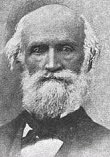






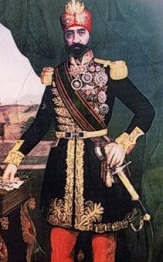











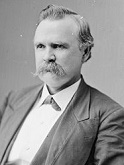

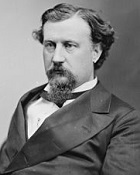





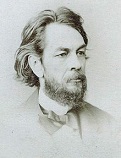


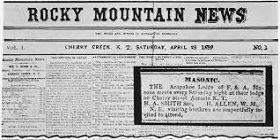












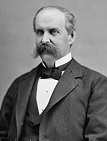
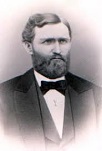
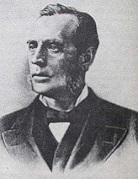









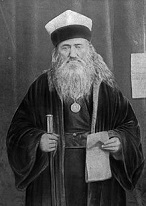


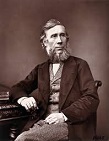

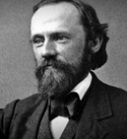


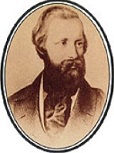
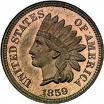

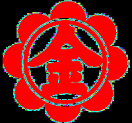

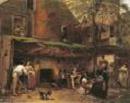
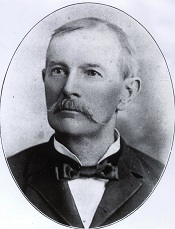
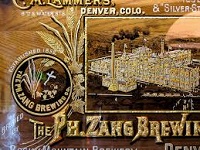

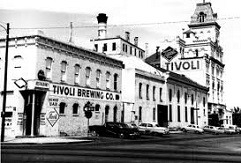
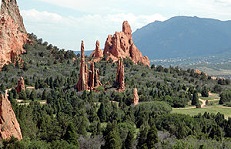
1859 On Jan. 15 gold is discovered in Gold Hill above Left Hand Canyon, and on Mar. 7 it becomes the first mining district and permanent mining camp in Colo., causing the Boulder City Town Co. to be organized on Feb. 10 by A.A. Brookfield and 56 shareholders, who plat the the town of Boulder, Colo. 25 mi. NW of Denver on the Front Range of the Rockies near the Flatirons into 4,044 lots at $1K each, becoming the only city in the U.S. to derive its water supply from a glacier, the Arapaho Glacier; in 1872 after the pop. dwindles, telluium is discovered in Gold Hill, causing the pop. to return to the 1K level. On Jan. 24 Wallachia votes to unite with Moldavia, with Moldavian-born Col. Alexander John Cuza (Alexandru Ioan Cuza) (1820-73) as prince (until Feb. 5, 1862); poet-journalist Dimitrie Bolintineanu (1819-72), who fled in 1849 after writing pro-rev. articles in his journal Poporul Suveran returns and is appointed minister of public instruction. On Feb. 11 the Atchison, Topeka and Santa Fe Railway (originally Atchison and Topeka Railroad until 1863) is chartered, with Col. Cyrus Kurtz Holliday (1826-1900) named as chmn. and pres. on Sept. 17, resigning as pres. in Dec. 1863 and remaining on the board until Mar. 29 , 1900; it reaches the Kan.-Colo. line in 1873, and Pueblo, Colo. in 1876; it never reaches Santa Fe, N.M., which ends up being served by a branch line from Lamy, N.M.; on Dec. 31, 1996 it merges with the Burlington Northern Railroad to form the Burlington Northern and Santa Fe Railway. On Feb. 14 (Valentine's Day) "Beaver State" Oregon (Ore.) is admitted as the 33rd U.S. state (free), bringing the total to 18 free and 15 slave states until the start of the U.S. Civil War in 1861. On Feb. 17 Northern and Southern leaders socialize together for the last time before the start of the U.S. Civil War at the Napier Ball in the Willard Hotel in Washington, D.C. to say goodbye to British ambassador Francis, Lord Napier. On Feb. 18 French troops occupy Saigon in an alleged attempt to end 30 years of persecution of Vietnamese Catholics. On Mar. 7 the U.S. Supreme (Taney) Court rules unanimously in Ableman v. Booth that state courts cannot interfere with federal laws or issue rulings on federal law contradicting decisions of the federal courts, and reaffirms the constitutionality of the U.S. Fugitive Slave Act, ruling that U.S. marshals may not be interfered with by state officials when doing their duty; the Wisc. legislature responds with states' rights resolutions harking back to the Va. and Ky. Resolutions of Jefferson and Madison of 1798 - states' rights aren't only for Southerners? In spring South Golden Rd. from Denver, Colo. W through the bed of modern-day Sloan Lake to Golden, Colo. is founded for gold prospectors headed to the Rockies; in 1861-3 Sloan Lake mysteriopusly appears on dry land owned by homesteader Thomas F. Sloan, causing South Golden Rd. to be moved to 15th St., which later becomes Colfax Ave. On Apr. 23 Ohio-born William Newton Byers (1831-1903), who arrived in Denver, Colo. from Omaha, Neb. (which he co-founded) with printing equipment from the defunct Bellevue Gazette pub. the first issue of the Rocky Mountain News (first newspaper in the territory) out of a room above Dick Wooten's Saloon on the banks of Cherry Creek; it comes out 20 min. ahead of the rival Cherry Creek Pioneer and is delivered by oxcart; in Aug. 1860 it goes from weekly to daily; in July 1870 it goes from an evening to a morning newspaper; in 1926 it is acquired by the E.W. Scripps Co., competing with the evening The Denver Post, and almost going bankrupt when new editor Jack Foster changes it from a broadsheet to tabloid format; Foster's wife Frances Foster founds Molly Mayfield, the first advice column in the U.S. in 2001 it merges with The Denver Post to form the Denver Newspaper Agency; on Jan. 23, 2007 it is redesigned into a smaller mag.-style format with more color; it pub. its last issue on Feb. 27, 2009. On Apr. 25 after receiving a concession from France in 1855, French diplomat and politician Count Ferdinand de Lesseps (1805-94) begins work on the Suez Canal (finished 1869), starting with the building of an artificial Mediterranean harbor at all-new Port Said, and a canal from the Nile to the Ismuth of Suez to provide fresh water for 20K fellaheen (peasant) laborers working for three piasters (6 cents) a day; the plan is to work from N to S, ending up at Lake Timsah, then the Great and Little Bitter Lakes, which are reconnected with the Red Sea and flooded with seawater. On May 6 Ga. prospector John H. Gregory (1820-64) discovers the first gold lode in Black Hawk, Colo. in the mountains W of Denver in Gilpin County N of Idaho Springs, becoming known as the Gregory Lode in Gregory Gulch; in the next 2 mo. more veins are discovered, causing 10K prospectors to flock in by next year, founding Mountain City, which later becomes Central City, Colo., "the richest square mile on Earth"; Chinese workers are hired to work the placer deposits in Gregory Gulch but forbidden to work in the hard rock mines, most returning to China; in 1863 an unsuccessful attempt is made to form a hard rock miners' union; by 1900 the town is down to 3,114 pop., and a few hundred by the 1950s; the nearby town of Black Hawk becomes known as "the City of Mills" after Montgomery, N.Y.-born future U.S. Sen. (R-Colo.) (1879-85) Nathaniel Peter Hill (1832-1900) builds the first successful ore smelter there in 1868, and the Colo. Central Railroad extends its line there in 1872; both towns are revived with the introduction of casino gambling in 1991, with dinky Black Hawk outgrowing dinky Central City because the 8.4-mi. parkway from I-70 (from Denver) to Central City passes through it, after which in 2004 a highway going straight to Central City is built, but fails to change gamblers' habits. On May 22 mean devil Ferdinand II (b. 1810) dies, and is succeeded by his eldest son Francis II (1836-94) as 5th and last Bourbon king of the Two Sicilies (until Mar. 20, 1861); meanwhile the emancipation of N Italy puts the handwriting on the wall for him. On June 4 the French and Sardinians defeat the unmodernized Austrians at the Battle of Magenta in Lombardy after using troop trains from France into N Italy (the first large-scale use of railways in military operations), opening the way to Milan; purplish-red magenta is discovered about the same time, and named after the town; on June 24 the Battle of Solferino (bloodiest battle since Waterloo in 1815) along the Chiese River near the town of Solferino in Mantua Province, Lombardy, N Italy near the border of Venetia s mi. S of Lake Garda sees 6K KIA and 30K wounded out of 300K in a single day as the French and Sardinians under French marshal Louis-Achille Baraguey d'Hilliers, 1st Comte Baraguey d'Hilliers (1795-1878) (son of Napoleonic field marshal Louis Baraguey d'Hilliers, who saw his daddy captured in 1812 then lost his left hand in Russia in 1813) drive the Austrians from large parts of N Italy (incl. Virgil's birthplace Mantua and Stradivarius-town Cremona in Lombardy), only to see the Austrians withdraw to four fortresses guarding the entrance to Venetia, while revolts in Modena, Parma and Tuscany send their leaders into exile, threatening to create a strong united Italy, which France doesn't want, causing Napoleon to sue Austria for peace, giving Venetia to Austria and Lombardy to Sardinia; after Britain announces their support, the opposition of France and the other continental powers to a united Italy is tabled, and on July 11 the Peace (Treaty) of Villafranca creates the Italian Federation under the honorary presidency of the pope; Sardinia signs a treaty of alliance with France and finally annexes all she desires (Lombardy), but the price of the aid furnished by Napoleon III is the cession of Nice and Savoy to France; meanwhile Cavour coaxes Parma, Modena and Tuscany (incl. Florence) to unite with Sardinia as a first step towards a unified Italy, while S Italians chafe under same-old-same-old Francis II, and Great Liberator Garibaldi waits in the wings?; Swiss businessman Jean Henri Dunant (1818-1910) sees the carnage at Solferino, where the French only have one physician for every 1K soldiers, spurring him to pub. "A Memory of Solferino" in 1862, leading to the creation of the Internat. Committee of the Red Cross on Feb. 17, 1863 and the 1864 Geneva Convention. On June 6 Queensland is separated from New South Wales, with Brisbane as the capital; in the 20th cent. the queen's decree to create Queensland is "lost". On June 11 a failed election causes the resignation of Benjamin Disraeli and British PM (since Feb. 20, 1858) Edward Smith Stanley, 14th Earl of Derby, and on June 12 after switching parties from Whig to Liberal, former British PM (1855-8) Henry John Temple, 3rd Viscount Palmerston (1784-1865) becomes British PM again, forming a new cabinet, which Gladstone joins as a Liberal, ending the separate org. of the Peelites, and giving it stability; it remains in power until Oct. 18, 1865, contenting the working classes while dropping all efforts at parliamentary reform. On June 12 a failed election causes the resignation of Lord Derby and Disraeli, causing Lord Palmerston (Liberal) On June 15 the U.S.-British Pig War begins when Am. farmer Lyman Cutlar shoots a pig owned by the Hudson's Bay Co., after which both countries send in troops to dispute possession of the San Juan Islands, with 500 U.S. troops under Capt. George E. Pickett (later of Pickett's Charge fame) and 400 British royal marines and three ships with 62 total guns, after which U.S. Lt. Gen. Winfield Scott is dispatched to negotiate a stand, which lasts for 12 years while an arbitration commission appointed by German kaiser Wilhelm I meets, finally ruling in favor of the U.S. and establishing the 49th parallel as the U.S.-Canadian border on Oct. 21, 1872, with the U.S. given the San Juan Islands and the boundary line going through Haro Strait. On June 16 the town of Golden, Colo. is founded along Clear Creek at the base of the Front Range of the Rocky Mountains 12 W of Denver, named after Ga.-born prospector Thomas L. "Tom" Golden, whose partner George Andrew Jackson of Mo. made a major strike on Chicago Creek near modern-day Idaho Springs on Jan. 7; it becomes the capital of the provisional Territory of Jefferson in 1860-1, and of the official Territory of Colo. in 1862-7, when it is moved to Denver; Ill.-born William Austin Hamilton Loveland (1826-94) builds Golden's first storefront, helping establish it as the territorial capital by offering his bldgs. to the legislate and senate, building the town's first brick storefront in 1863 for his Loveland Block, which becomes the oldest commercial brick bldg. in Colo. to survive to modern times; in 1864 after purchasing the right-of-way in the canyon W of Golden, he co-founds the Colo. Central Railroad (Colo., Clear Creek and Pacific Railway), connecting it to the transcontinental railroad in Wyo., which fails to stop the rival Denver Pacific Railway from completing a line from Denver to Cheyenne, Wyo., finishing its own line in 1877, after which in 1866 the town of Loveland, Colo. in Larimer County is founded along its route. On June 17 a "sundowner" (hot dry air from the Santa Ynez Mts.) rushes through Goleta, Calif., raising the temp to 133F, killing most plants and animals, becoming the highest temp recorded in the U.S. until 1913. On June 30 French acrobat-funambulist Charles Blondin (Jean Francois Gravelet) (1824-97) crosses Niagara Falls on a 1.1K-ft. 160 ft. high tightrope in front of up to 5K spectators, going on to repeat his performance this year and next, pushing a wheelbarrow while blindfolded, carrying his mgr. Harry Colcord on his back, and other cool stunts - shout when you hear the water? On July 4 Congress authorizes a new U.S. flag with 33 stars (design #15), which now incl. funky wet wooded Oregon. On July 8 Capt. N.C. Brooks of the Hawaiian bark Gambia discovers Midway Island 1,150 mi. WNW of Hawaii; he originally calls it Middlebrook Island; it is annexed by the U.S. on Aug. 28, 1967 and named Brooks Island. On July 8 Oscar I (b. 1799) dies, and his poet-painter son Charles XV (1826-72) becomes king of Sweden and Norway (until 1872), and 3rd of the Bernadotte monarchs, going on to reform the laws and govt., get a law passed giving unmarried women freedom, advocate pan-Scandinavianism, and become one of Sweden's most popular kings. On July 13 after taking his own advice and going west to Calif., stopping in Colo. to see the Pike's Peak Gold Rush, New-York Tribune ed. Horace Greeley (1811-72) stops in Salt Lake City, Utah for a 2-hour Interview with Brigham Young, which is printed in his paper in Q&A form on Aug. 20; Greeley: "What is the position of your church with respect to slavery?"; Young: "We consider it of divine institution, and not to be abolished until the curse pronounced on Ham shall have been removed from his descendants." On July 21 after large numbers of young Tuscans join the Franco-Piedmontese army and call for absorption of Tuscany into the kingdom of Italy, causing him to flee to Bologna on Apr. 27, Grand Duke Leopold II abdicates in favor of his son Ferdinand IV of Tuscany (1835-1908), who never reigns, but on Mar. 26, 1860 formally protests from safe Dresden. On Aug. 13 Colorado Springs, Colo. (originally Colorado City) on the Colo. Front Range at the confluence of Fountain and Camp Creeks is formally organized, serving as the capital of Colo. Territory from Nov. 5, 1861 to Aug. 14, 1862, when the capital is moved 70 mi. N to Denver; in Aug. surveyors M.S. Beach and Rufus Cable discover Garden of the Gods rock formation near Colorado Springs, with Beach suggesting that it would make a great place for a beer garden, and Cable replying "Beer garden! Why, it is a fit place for the gods to assemble"; it becomes a U.S. nat. park in 1909, and is designated a nat. natural landmark in 1971. On Aug. 25 Muslim rebel leader imam Shamil (1797-1871) is hosted with his family by Russian tsar Alexander II in St. Petersburg, then exiled in Kaluga (near Moscow), moving in Dec. 1868 to Kiev, where he is housed in a mansion until he is allowed to make a hajj to Mecca in 1869, and dies in Medina on Feb. 4, 1871 after visiting Sultan Abdulaziz in Istanbul. On Aug. 27-30 after financial backers pull the plug on their Penn. Rock Oil Co., persistent Greenville, N.Y.-born "Colonel" Edwin Laurentine Drake (1819-80) and Hanover, N.H.-born "Father of the American Oil Industry" George Henry Bissell (1821-84) (inventor of the idea of drilling for oil) strike oil in a 65-ft. well in Titusville, Penn. (eight barrels), starting the "golden flood of petroleum", the U.S. petroleum boom; after this paraffin oil begins to replace the use of sperm whale oil; despite the success of others, Old Man Drake dies broke, living on a $1.5K pension voted him by the state of Penn. in 1872, calling him a "crazy man". On Sept. 1-2 the Solar (Super) Storm of 1859 (Carrington Event) sees a solar storm induce a geomagnetic solar storm in the Earth's magnetsphere, creating auroras that can be seen from Cuba to Hawaii, so bright that people in the NE U.S. can read their newspapers by its light, and creating an EMP that interferes with telegraphs, but doesn't shut them down; it is all recorded by London, England-born amateur astronomer Richard Christopher Carrington (1826-75), proving the existence of solar flares; in 1863 his observations of sunspots reveal the differential rotation of the Sun. On Sept. 7 the new 316-ft. Victorian Gothic Big Ben (Great) Clock Tower at the N end of Westminster Palace in London becomes operational, with four clock faces each 180 ft. above ground, becoming the world's largest 4-faced chiming clock; the tower leans 8.66" to the NW; the hour hand is 9-ft. long and the minute hand 14-ft.; the clock tower and dials are designed by Augustus Welby Northmore Pugin (1812-52); the 21-ft.-diam. iron framework has 576 pieces of opal glass; at the base of each clock face is the gilded Latin inscription "DOMINE SALVAM FAC REGINAM NOSTRAM VICTORIAM PRIMAM" (O Lord, keep safe our Queen Victoria the First); it runs eight days between winds; each penny added or subtracted to its pendulum changes it by 0.4 sec per year; the clock becomes known for accuracy and reliability, running accurately until New Year's Eve, 1962, when heavy snow causes it to chime the New Year 10 min. late; its first major breakdown happens in 1976 (until ?); in 2012 it is renamed Elizabeth Tower in honor of Elizabeth II's Diamond Jubilee. On Sept. 13 the Terry-Broderick Duel in San Francisco, Calif. ("the last notable American duel") sees Ky.-born pro-slavery Dem. Calif. Judge David Smith Terry (1823-89) shoot anti-slavery Calif. Dem. Sen. David Colbreth Broderick (b. 1820), who dies on Sept. 16, helping to swing popular opinion towards the Union, and causing Calif. gold to go to their side during the U.S. Civil War. On Sept. 23 Muhammad III as Sadiq (1813-82), son of Husayn Bey becomes the last independent ruler of Tunisia (until Oct. 28, 1881), a weak ruler under the sway of the Mamluks who ends up giving away the store to pay for his corruption and extravagance while becoming hated by his subjects. On Sept. 30 Abraham Lincoln gives a speech at the Wisc. State Fair, which contains the old Persian proverb "This too shall pass". In the fall Clotilde, the last slave ship to enter the U.S. arrives in Mobile Bay, Ala., and is burned to avoid federal authorities; 24-y.-o. lucky-unlucky passenger Cudjo Lewis (1835-1935) becomes the last full-blooded black African slave to come to the U.S. Happy Halloween, Crackers? A Bible fanatic waves a magic wand at what he would like to change, and poof! becomes the spark himself? On Oct. 16 (Sun.) (night) abolitionist Moses wannabe (not Madonna?) John Brown (b. 1800) leads 22 young (all under the age of 30, three under the age of 21) (five colored) on a raid of the federal arsenal at Harpers Ferry, (West) Va. at the confluence of the Shenandoah and Potomac Rivers, in a crazy plot to capture arms and give them to imaginary slaves that will flock to them and begin the big insurrection; they first take the rifle factory, then capture Col. Washington (George Washington's great-grand-nephew), along with a sword given to the latter by Frederick II the Great, freeing and arming Washington's docile slaves; next they take the Maryland Bridge, guarded by Patrick Higgins, who fires an alarm shot; they then screw up and kill baggage master and free negro Shepherd Heyward when he refuses to halt (it was too dark to tell his color); then they take the arsenal itself, but soon the Jefferson Guard (the Charlestown militia) cut off their retreat and kill many of them; Brown sends emissaries to offer a truce, but they are captured and killed and mutilated; the next morning Col. Robert E. Lee and J.E.B. Stuart lead U.S. Marines to surround the arsenal, where only five raiders remain alive in the brick engine house; after Stuart parleys with Brown, who refuses unconditional surrender, he leaves and waves his hat, and a 15-min. assault results in two Marines dead and Brown captured; Culpeper County, Va.-born "huge mulatto" Dangerfield F. Newby (b. 1820) is KIA, and his body mutilated by a white crowd and later dined on by hogs, causing Hog Alley to be named; Brown is tried on Oct. 31 on three counts, conspiracy with negroes, treason against the Commonwealth of Va. (third person in the U.S. charged with treason after Benedict Arnold and Thomas Dorr) and murder, then hanged in Charlestown on Dec. 2 despite an Oct. 30 essay by Henry David Thoreau titled A Plea for Captain John Brown, his last prophetic words predicting the U.S. Civil War less than two years later written from his cell being "I John Brown am now quite certain that the crimes of this guilty land will never be purged away but with Blood. I had as now think vainly flattered myself that without very much bloodshed it might be done"; his son Owen and six others escape, but those captured with him suffer his fate; the Am. South overracts, alarmed at the specter of armed black insurrections aided by Northern whites under every tree; new U.S. rep. (R-Ohio) (1859-69) James Mitchell Ashley (1824-96) accompanies John Brown's widow to the execution; white-haired 65-y.-o. Va. planter and War of 1812 vet Edmund Ruffin (1794-1865) is parading with the teenage cadets at the Va. Military Inst. when Brown is hanged, later firing the first shot on Ft. Sumter; volunteer John Wilkes Booth is also present at the hanging in the uniform of a Va. regiment; Emerson calls his Messianic hanging "as glorious as the cross", knowing that now God is behind a bloody end to the horrible crime of racial slavery; the Doughfaces (Northerners with Southern sympathies) begin to split, torn between the desire to support popular sovereignty to protect against federal power and the desire to call on the federal govt. to protect slavery in the territories until it prepares a constitution and applies for statehood. On Oct. 23 the Argentine Confederation under Justo Jose Urquiza defeats Buenos Aires under gen. Bartolome (Bartolomé) Mitre Martinez (1821-1906) at the Battle of Cepeda, forcing it to join. On Oct. 29 after moving from Omaha, Neb. to Central City to prospect for gold, Chillicothe, Ohio-born Dem. Neb. Rep. (since 1857) Robert Williamson Steele (1820-1901) is nominated as provisional gov. of the proposed Territory of Jefferson, opening the first session of the provisional territorial legislature on Nov. 7, getting into a pissing contest with officials of Kansas Territory, who refuse to recognize it; on Nov. 6, 1860 Repub. candidate Abraham Lincoln wins the U.S. pres. election, making Steele a pariah; on Jan. 26, 1861 the Territory of Colo. is proclaimed by the U.S. Congress, and signed into law on Jan. 28 by Pres. Buchanan, and on June 6 Steele issues a proclamation disbanding the Territory of Jefferson and calling for loyalty to the U.S. In Nov. Champion, N.Y.-born George Eliphaz Spencer (1836-93) founds the town of Breckenridge, Colo. just W of the Continental Divide in Summit County (modern-day pop. 4.5K), named after U.S. vice pres. #14 John C. Breckinridge of Ky. in hopes of flattering the federal govt. into putting a post office there, which becomes the first between the Continental Divide and Salt Lake City, Utah; too bad, Breckinridge sides with the Confeds., causing the citizens to change the name; Spencer joins the Union Army on Oct. 16, 1862, rising to brig. gen. then becoming a Repub. U.S. Sen. in Ala. in 1868-79; skis (from the Nordic word for sticks) are first used in the state when 10 men in a snowbound mining camp along the Blue River near Breckenridge build their own skis to travel down the valley, where they begin the town of Eldorado West; Breckenridge Ski Resort opens on Dec. 16, 1961. In Nov. Polish immigrant Frederick Z. Salomon (1830-), trader Joseph Doyle, dry goods merchant John Good (1835-1918), and Charles Tascher found Rocky Mountain Brewery in Auraria (near Denver), Colo., becoming the first brewery in Colo.; in 1871 it is acquired by Bavaria, Germany-born brewmaster Philip Zang (1826-99), who renames it Zang's Brewery (Philip Zang Brewing Co.), reaching 65K barrels/year and becoming one of 33 Denver millionaires in 1889, then retiring in favor of his son Adolph J. Zang (1856-1916); in 1882 Good opens the Tivoli Brewing Co. in Auraria, becoming the oldest brewery in Colo. and 2nd oldest in the U.S. (after Yuengling Brewery in Penn.) after Prohibition before closing in Apr. 1969, reopening in Aug. 2015 after the area turns into Auraria Campus. On Dec. 10 Ateneo de Manila U. in the Philippines is founded by the Jesuits, and opened to all ethnic groups, breeding an intellectual elite known as the ilustrados who go on to promote Philippine nationalism. On Dec. 21 after he opposes secessions, saying that the day of secession "will be written... in the blood of humanity", causing the Tex. legislature to make plans to dump him as U.S. sen., and he resigns on Mar. 4 and runs for gov. again, Rockbridge County, Va.-born Tenn. gov. #6 (1827-9) and U.S. Unionist Tex. sen. (since Feb. 21, 1846) Sam Houston (1793-1863) becomes Tex. gov. #7 (until Mar. 16, 1861), becoming the only foreign head of state to become a U.S. state gov., and first to be elected gov. of two U.S. states; a secessionist pleads publicly for a "Texan Brutus" to assassinate him; Houston's friend John Hemphill (1803-62), Tex. Supreme Court chief justice in 1841-58 is elected to replace him, ending up as one of the first 14 U.S. senators expelled by Congress in 1861 for seceding. Guayaquil-born European-educated politician Gabriel Garcia Moreno (1821-75) overthrows the govt. of Francisco Robles in Ecuador and seizes power after deciding that the Roman Catholic religion is the answer to class and race conflict, going on to be officially elected pres. in 1861, then rule as a dictator behind two puppet presidents until 1869, and finally rule openly until death, while centralizing the govt., reducing corruption, strengthening the economy, and giving policy planning over to the Roman Catholic clergy - all my friends say I partied too much until you walked in? Russian troops conquer the Muslim mountain tribes of Chechnya. and capture NE Caucasus Chechen chieftain Imam Shamil (Shamyl) (1797-1871), causing many Chechens to flee to Armenia. Lt. gen. (later field marshal) Count Albrecht Theodor Emil von Roon (1803-79) is appointed war minister of Prussia (until 1872), followed by minister of marine in 1861, going on to reform the Prussian army; Bismarck becomes Prussian ambassador to Russia at St. Petersburg; on Aug. 14 the Nat. Liberals found the German Nat. Assoc. (until 1867) to unite Germany under Prussia under the "small German" banner. After Chilean dictator Manuel Montt defeats the rebels, led by Gen. Cruz, he stops the revolt by withdrawing hated minister Antonio Varas as his proposed successor in favor of more moderate Jose Joaquin Perez Mascayano (1801-89). Todd County, Ky.-born anti-Prohibitionist Roger Quarles Mills (1832-1911) (known for his tall big-chested physique and debating skills) becomes a Dem. member of the Tex. House of Reps, going on to become a Confed. officer in the U.S. Civil War, a U.S. rep. in 1873, and a U.S. sen. in 1892-9, rising to chmn. of the House Ways and Means Committee, backing free trade, sponsoring the Mill Tariff Bill of 1888, which passes the House, but is amended and killed by the Repub.-controlled Senate, becoming the main issue in the 1888 U.S. pres. campaign, allowing Repub. Benjamin Harrison to win the electoral vote based on the swing states of N.Y. and Ind. despite losing the popular vote; in 1893 Mills backs Pres. Cleveland in repealing the Sherman Silver-Purchase Act, turning Dems. against him, and he loses reelection in 1898. The Jews of Frankfurt, Germany build a new synagogue (finished 1860), which becomes the center of Reform Judaism until the Nazis destroy it on Kristallnacht on Nov. 9-10, 1938. The town of Georgetown on Clear Creek 45 mi. W of Denver is founded on small gold strikes, followed by major silver strikes, incl. the Pelican Mine (in Silver Plume) in 1868 and the Dives Mine in 1869. Blue-eyed Christian teetotaler John Wesley Iliff Sr. (1831-78) comes to Denver, Colo. from Ohio Wesleyan U. in Delaware, Ohio, opening a gen. store on Blake St. and trading supplies for livestock from new immigrants, then fattening them on the open range and using the profits to buy land in NE Colo., creating the largest ranch in Colo. history, raising as many as 35K head a year to sell to Union Pacific construction crews, becoming a millionaire known as "the Cattle King of the Plains" and leaving his fortune to found Iliff School of Theology in 1892, basis of the U. of Denver; on June 20, 1859 Polish-born Freemason Fred Z. Salomon (1830-) becomes the first Jewish merchant in Denver - get out of Denver, baby, go? Julesburg, Colo. AKA Overland City (originally Lodgepole Creek) on the South Platte River in NE Colo. (modern-day pop. 1.2K) is founded as a Pony Express station and trading post by Jules Beni (-1861), an outlaw who likes to rob stagecoaches, causing the town to become known as "the wickedest city on the plains"; after Beni is suspected by authorities, he is replaced by Carlyle, Ill.-born gunman Joseph Alfred "Jack" Slade (1831-64), who gets in a gunfight with him, is shot several times and survives, then ambushes Beni, ties him to a fence post, shoots off his fingers, puts the gun in his mouth and pulls the trigger, then cuts off his ears, keeping them as souvenirs, going on to kill 26 people; on July 31, 1861 writer Mark Twain and his brother Orion stop in Julesburg for an hour, with Twain calling it "the strangest, strangest, quaintest, funniest frontier town that our untraveled eyes had ever stared at and been astonished with." David Livingstone discovers Lake Nyasa (Malawi) in SE Africa, then explores the Ruvuma River and discovers Lake Chilwa, discovering how Arab and Portuguese slave traders had hurt the natives. The Raynolds Expedition (ends 1860), led by U.S. Army topographical engineer Capt. William Franklin Raynolds (1820-94) explores and maps territory between Fort Pierre, S.D. and the headwaters of the Yellowstone River. Vladivostok (Russ. "rule of the East") (modern pop. 500K) is founded by Count Nikolay Nikolayevich Muravyov-Amursky (1809-81) on the Golden Horn Bay on the Pacific Ocean on land belonging to China. Gold is discovered in California Gulch near the headwaters of the Arkansas River at 10,152 ft. alt. in the Rocky Mts. of Colo., causing the town of Oro (sp. "gold") City to spring up, reaching 5K pop. next year; too bad, the gold runs out and the town is abandoned, but in 1874 silver is discovered there, causing people to return, founding the city of Leadville, Colo. (modern-day pop. 2.6K), which is incorporated on Feb. 18, 1878, becoming the highest incorporated city in the U.S., with a pop. in 1980 of 15K-50K working 30 mines and 30 smelters, producing $136M of silver in 1879-88, peaking at $11.5M in 1881, competing with Roaring Fork Valley in Aspen; in 1883 Irish wit Oscar Wilde gives a lecture at the Tabor Opera House, describing Leadville in his 1906 book "Impressions of America" as "the richest city in the world... [with] the reputation of being the roughest, and every man carries a revolver", describing a sign in a Leadville saloon that read "Please do not shoot the pianist. He is doing his best"; in 1891 gold is discovered in Leadville, and after the silver boom ends in 1893, a new boom in gold, lead, zinc, and copper begins in 1901, eventually producing 2.9M oz. of gold, 240M oz. of silver, 1M tons of lead, 785K tons of zinc, and 53K tons of copper. The Keetoowah (Kituwa) Society (named after the lost Cherokee mother town of Kituhwa in N.C.) is formed in Okla. by transplanted Cherokees to preserve their cultural traditions - how did Wayne Churchill get in? The gold vs. silver wars start just before the U.S. Civil War? The Comstock Silver Lode is discovered in Six-Mile Canyon (Eagle Valley) on the E slope of Mt. Davidson in the Va. Range in W Nevada; to the W the city of Virginia City (named after a miner nicknamed Virginia?) is founded near Reno (modern-day pop. 800); San Francisco robber baron William Sharon (1821-85) (Repub. U.S. Sen. from Nev.) and his Bank Ring gain control of the Comstock, becoming known as "King of the Comstock". South Dakota (S.D.) is settled with the founding of Vermillion, Clay County, S.D.. The ugly but useful butthole of the Colo. Front Range? Commerce City, Colo. in Kansas Territory starts out as a trading post-hotel-ranch on Henderson Island in the South Plate River S of Denver, founded by Kan. Territory pro-slavery politician, Leavenworth Journal ed., and Bleeding Kansas col. John D. "Colonel Jack" Henderson, becoming the first permanent settlement in the South Plate River Valley between Fort St. Vrain in Neb. Territory and Cherry Creek in Kan. Territory; on Jan. 29, 1861 the E side of Kansas Territory becomes the state of Kansas, and on Feb. 28 the W side becomes part of Colo. Territory, which on Nov. 1 creates Arapahoe County, which stretches from modern-day Sheridan Blvd. 160 mi. E to the Kansas border, and from modern-day County Line Rd. 30 mi. N to Parallel 40 deg. North (168th Ave.), wich Denver as the county seat until 1902; in 1876 after Colo. becomes a state on Aug. 1, Riverside Cemetery (the metro Denver area's oldest cemetery) is founded in Commerce City, followed in 1892 by Rose Hill Cemetery, founded by the United Hebrew Cemetery Assoc.; the town of Derby is founded in 1889 along with Irondale, followed by Adams City in 1903; on Apr. 15, 1901 the Colo. legislature splits Arapahoe County into Adams County, a new consolidated City and County of Denver, and South Arapahoe County, which is renamed Arapahoe County on Apr. 11, 1903, with Littleton as the county seat; on Nov. 8, 1904 Brighton, Colo. (incorporated on Sept. 1887 and named for Brighton Beach, N.Y.) becomes the county seat of Adams County; in Dec. 1942 Rocky Mountain Arsenal is founded to the E of Commerce City (closed in 1992); on July 27, 1949 after Amendment 2 legalizing pari-mutuel betting on horses and greyhounds is approved in 1948, Mile High Kennel Club is founded in Commerce City for greyhound racing; on Dec. 18, 1952 Commerce City is incorporated as Commerce Town, changed in 1962 to Commerce City; in 1989 53 sq. mi. of Adams County is transferred to the City and County of Denver for the new Denver Internat. Airport (DIA); on Nov. 15, 2001 the NW corner is transferred to the City and County of Broomfield. The Valtellina passes to Italy. Nicaragua passes a law providing for alienation of Indian communal lands to coffee planters - the Grinch stole Christmas? The seaside resort town of Eastbourne on the S coast of England right E of Beachy Head (highest chalk sea cliff in Britain) and 19 mi. E of Brighton (modern-day pop. 103K) is created from four separate hamlets under the direction of the Duke of Devonshire, becoming known for its string of large beachfront Victorian hotels, its pier, a Napoleonic fort, and military museum. The city of Kuala Lumpur ("muddy confluence") in Malaysia (modern-day pop. 1.7M/7.2M) is founded as a tin-mining settlement, going on to become Malaysia's cultural, financial, and economic center, home of the Maylasian king, and home of the Malaysian Parliament. The city of Logan, Utah on the Logan River on the W slopes of the Bear River Mts. and the E edge of Cache Valley in N Utah 47 mi. N of modern-day Ogden and 82 mi. N of Salt Lake City (modern-day pop. 48K) is founded by Mormon settlers sent by Brigham Young to build a new fort, named for fur trapper Ephraim Logan; it is incorporated on Jan. 17, 1866; on Aug. 6, 1877 Brigham Young College is founded there (until 1926), followed on Mar. 8, 1888 by Utah State U. (of Agriculture and Applied Science) (originally Agricultural College of Utah until 1957). A gold discovery leads to the founding of Bodie, Calif.; by the 1880s it grows to 10K residents but later becomes a ghost town; it has 65 saloons. U.S. brig. gen. Edward Fitzgerald "Ned" Beale (1822-93), his crew, and 25 camels imported from Tunis remove 50 ft. of earth from the top of Fremont Pass N of Los Angeles, Calif. to create Beale's Cut, a toll road for stagecoaches, which later becomes a favorite spot to shoot Westerns; later in the decade he runs a unit near Flagstaff mounted on camels. The U.S. Mint begins issuing the Indian Head Penny (until 1909); copper-nickel "white" coins to 1864, and bronze afterwards. The Corcoran Gallery of Art in Washington, D.C. is founded. Poor peasant farmer Kawate Bunjiro (1814-83) founds the syncretic pantheistic Japanese Shinto splinter religion of Konkokyo (Konko), worshipping the neuterless god Tenchi Kane No Kami (Golden Kami of Heaven and Earth) by making the world a happier place, reading 450K members by modern times. New York atty. Chester A. Arthur marries Ellen Lewis "Nell" Herndon (1837-80); they have 2 sons and 1 daughter. Westminster, London, England-born evangelist John Nelson Darby (1800-82) (co-founder of the Plymouth Brethren and founder of the Exclusive Brethren) tours the U.S., spreading his Dispensationalist Doctrine, which claims that Jehovah deliberately divided time into periods or ages, each of which is administered in a different way, also Pre-Tribulation Rapture Theology and the Scofield Reference Bible. Scottish top golfer Allan Robertson (b. 1815), first golfer to score below 80 on the Old Course in St. Andrews dies of jaundice, causing the Royal and Ancient Golf Club of Scotland to raise funds for his widow - erin go bragh? French Socialist Jean Baptiste Andre Godin (1817-88) founds a Fourierist phalanx in Guise, France, becoming the first (only?) successful attempt. Adelina Patti makes her New York debut in Donizetti's "Lucia di Lammermoor". Charles Dickens begin editing the weekly mag. All the Year Round (pub. until 1893). John Morley, 1st Viscount Morley of Blackburn (1838-1923) becomes ed. of the weekly Literary Gazette in London (until 1867). After finding that many of his female patients were experiencing problems caused by having abortions, Boston, Mass.-born physician Horatio Robinson Storer (1830-1922) presents a report to the Am. Medical Assoc. (AMA) meeting in Louisville, Ky., persuading them to form a Committee on Criminal Abortion, after which the AMA begins lobbying states to strengthen laws against abortions, convincing most of them to do it by 1880; in 1869 Storer founds the Gynaecological Society of Boston, the first medical org. devotely solely to gynecology. Australian rancher Thomas Austin releases 24 rabbits with the soundbyte: "The introduction of a few rabbits could do little harm and might provide a touch of home, in addition to a spot of hunting; too bad, within 35 years rabbits overrun the whole continent, causing 2,023 mi. (3,256km) of rabbit fences to be erected in Australia. A man finds a 5-carat diamond near the Vaal River in South Africa, and sells it to a priest from the Berlin Mission Society for £5. The city of Casper, Wyo. in EC Wyo. at the foot of Casper Mountain and the N end of the Laramie Mountain Range (modern-day pop. 59K) starts out as a ferry on the Emigrant Trail built in 1847 during the first Mormon wagon train to Utah by Brigham Young, growing into several ferries over the North Platte River for settlers along the Oregon, Calif., and Mormon trails, followed by a bridge and trading post built this year by Louis Guinard, after which Ft. Caspar (originally Platte Bridge Station) is founded under the command of Lt. Col. William O. Collins, and named after his son 2nd. Lt. Caspar Collins, who is KIA by Indians in July 1865; in 1857 the troops abandon the fort in favor of Ft. Fetterman downstream on the North Platte River on the Bozeman Trail, allowing developers to found a town as a stopping point for the Wyo. Central Railway; a typo causes the name change during registration; after development of the Salt Creek Oil Field, Caspar becomes known as "Oil City"; residents later incl. Dick, Lynne, and Liz Cheney. Mass. Inst. of Technology (MIT) is founded, becoming one of the first institutions to require science students to duplicate famous lab experiments; it is coed from the beginning. French lexicographer Pierre Athanase Larousse (1817-75) founds the journal L'Ecole Normale. The Am. Dental Assoc. (ADA) is founded in Niagara, N.Y., going on to move to Chicago, Ill. and become the largest and oldest nat. dental assoc. in the U.S. to survive to modern times. The Origin of Species year is also a big year for Bible believers? Ukrainian-born Karaite scholar Abraham Firkovich (1786-1874) sells a vast collection of 2,412 items culled from the Crimean cliff dwellings of Chufut-Kale, where old Bible scrolls are never destroyed but stored in genizahs (hiding places), incl. 975 mss. and scrolls, 45 of them Bible mss. dating before the 10th cent. C.E., and especially the 916 C.E. Petersburg Codex of the Latter Prophets and the 1008 C.E. Leningrad Codex (basis for most modern critical eds. of the Hebrew Bible) to Russian tsar Alexander II for 125K rubles, and he houses them in the Imperal Library in St. Petersburg. After proposing to the Societe de Biologie that physical differences between human races could be explained by different species having different origins, with the fact that they can interbreed and produce fertile offspring not proving they are of the same species but rather hybrids, after which Pierre Rayer, pres. of the society proposes that he drop further discussion of the topic because Charles Darwin's work is about to come out, French anthropologist-anatomist Pierre Paul Broca (1824-80) founds the Societe d'Anthropologie ( Société d’Anthropologie ) de Paris to supersede the Paris Ethnological Society (founded 1839) and take over its debates on the "appropriate relations between the black and white races". to supersede the Paris Ethnological Society (founded 1839) and take over its debates on the "appropriate relations between the black and white races". The first chain store, the A&P (Great Atlantic and Pacific Tea Co.) is founded in New York City by George Huntington, Hartford Gilman, and George Gilman. English tobacconist Philip Morris (1835-73) begins making custom hand-made cigarettes on Old Bond Street in London, producing Philip Morris Cambridge and Philip Morris Oxford Blues in 1870; in 1902 Philip Morris Inc. Ltd. is founded in New York City. Sports: Baseball becomes popular in New York and Boston, and the Nat. Baseball Club of Washington, D.C. is founded; the first recorded game is played in San Francisco; umpires no longer sit in a padded rocking chair behind the catcher. Architecture: Construction of the Houses of Parliament in London is completed. The Royal Albert (Brunel) (Saltash) Bridge at Saltash, Cornwall over the Tamar River, designed by Isambard Kingdom Brunel is opened on May 2 by Prince Albert; Brunel is so ill from overwork that he has to be carried over it on a platform truck. The Gothic Roman Catholic St. Mary's Cathedral in Aberdeen, Scotland is built. The Victoria Bridge for railway traffic is constructed in Montreal by Irish workers, who also build the Irish Stone, a memorial to 600 Irish who died of "ship's fever" (starvation and disease) in 1847-8 and were found buried in mass graves there. Inventions: On Jan. 4 Augustus C. Carey of Lynn, Mass. receives U.S. Patent #22,488 for a "fan carpet sweeper" that uses a fan held close to the carpet in place of the usual revolving brush to save on carpet wear, blowing dust into a container. On Feb. 16 a French commission of scientists and musicians ditches Scheibler's Pitch of 1834 (440 Hz) (AKA Concert Pitch) for the French Pitch (diapason normal) of 435 Hz, which is adopted by the Vienna Congress in 1887 and called the Internat. Pitch; for theoretical calculations 512 Hz (two to the 9th power) continues to be used. On Nov. 1 the Baudelot Refrigerator is patented in the U.S. (#25992) by Jean Louis Baudelot of Harancourt, France, using circulating ice water to cool wort for brewing of lager beer. After 10 years of trial-and-error, widowed (since 1848) Martha J. Coston (1829-1904) of Baltimore, Md. improves on her dead hubby's flawed designs and patents the Pyrotechnic Night Signal System (U.S. Patent #23,536), the first workable red-white-blue naval flares on Apr. 5, which the U.S. Navy buys and uses in the U.S. Civil War. French artillery officer Victor Mayer Amedee (Amédée) Mannheim (1831-1906) invents the first modern Slide Rule with a cursor - the nerdmaker? English chemist R.L.G. Plante (Planté) (1834-89) invents the first practical Lead-Acid Storage Battery. The Steamroller is invented to go with the power jaw stone crusher invented last year - by Mannheim? Science: Alexandre Edmond Becquerel (1820-91) improves upon George Stokes' 1852 experiments with fluorescent tubes. Heidelberg U. profs. Robert Wilhelm Eberhard Bunsen (1811-99) (1855 inventor of the Bunsen Burner) and Gustav Robert Kirchhoff (1824-87) team up and begin experimenting with spectrum analysis after Kirchhoff's Three Laws of Spectroscopy is announced, that if a body absorbs light of a certain wavelength, it emits the same wavelength (thus the dark Fraunhaufer lines in the solar spectrum are caused by elements in the Sun absorbing various wavelengths, and if one can find elements on Earth that give bright emission lines at these same wavelengths, the composition of the Sun can be deduced without having to visit it and vaporize first). German mathematician Georg Friedrich Bernhard Riemann (1826-66) makes his famous mathematical conjecture known as the Riemann Hypothesis at the Berlin Academy of Science in Aug., which is tied with the nature of prime numbers and makes John Nash and a zillion other math geeks spin their wheels all their lives trying to get a $1M prize: "All nontrivial zeroes of the Riemann Zeta Function have real parts equal to 1/2." German physician Albert Niemann (1834-61) of the U. of Gottingen improves the coca purification process and names the alkaloid cocaine, the active agent in the leaves of the coca plant, first isolated in 1855; its molecular formula C17H21NO4 is pub. in 1863 by colleague Wilhelm C. Lossen (1838-1906). Irish physicist John Tyndall (1820-93) discovers that gases incl. water vapor, CO2, and coal gas (methane) can absorb infrared radiation, and suggests that they could be used to bring climate change, AKA the Greenhouse Effect, going further in a lecture on Feb. 7, 1861, claiming that changes in CO2 and H20 in the atmosphere explain all climate changes so far identified by geological research; too bad, in 1856 Am. scientist Eunice Foote already pub. it; Tyndall really measured opacity not absorption? Nonfiction: Elizabeth Carey Agassiz (1822-1907), A First Lesson in Natural History. Pedro Alarcon, Diary of a Witness of the War in Africa. Vissarion Belinski (1810-48), Collected Works (12 vols.) (1859-62) (posth.). George Boole (1815-64), Treatise on Differential Equations. Paul Broca (1824-80), On the Phenomenon of Hybridity in the Genus Homo; divideshumans into the independent racial groups Australian, Caucasian (white), Mongolian, Malayan, Ethopian (black), and American, each regarded as its own species and connected to a geographic location, taking that as disproving the monogenetic argument of common ancestry for all Homo sapiens, with physical characters not being changed by new environments, pointing to the modern Jews as having the same appearance as those portrayed in Egyptian paintings from 2,500 B.C.E., with the soundbyte: "There was even, no necessity to insist upon the difficulty, or greater geographical impossibility of the dispersion of so many races proceeding from a common origin, nor to remark that before the remote and the almost recent migrations of Europeans, each natural group of human races occupied upon our planet a region characterized by a special fauna; that no American animal was found either in Australia nor in the ancient continent, and where men of a new type were discovered, there were only found animals belonging to species, then to general, and sometimes to zoological orders, without analogues in other regions of the globe"; he adds that Darwin's monogenism attitude justifies the extinction of native pop. by colonization, with the soundbyte: "The difference of origin by no means implicates the subordination of races. It, on the contrary, implicates the idea that each race of men has originated in a determined region, as it were, as the crown of the fauna of that region; and if it were permitted to guess at the intention of nature, we might be led to suppose that she has assigned a distinct inheritance to each race, because, despite of all that has been said of the cosmopolitism of man, the inviolability of the domain of certain races is determined by their climate"; in 1866 he finally accepts monogenism. but refuses to accept evolution as the entire explanation of the origins of different species, claiming that there has to be a parallel process in operation. George Sewall Boutwell (1818-1905, Educational Topics and Institutions. Pierre Briquet (1796-1881), Traite Clinique et Therapeutique de L'Hysterie; observations of 430 hysterical patients over a 10-year period; turns French neurologist Jean Martin Charcot (1825-93) onto the subject, causing him to examine patients at the Saltpetriere Hospital in Paris in the 1870s-1880s. Sir John Charles Bucknill (1817-97), Psychology of Shakespeare. Moncure D. Conway (1832-1907), The Natural History of the Devil. The Book That Shook the World? Big year for Bible skeptics, secularists, atheistic scientists, anybody against the ancien regime, as Jehovah, the Source of Life Breathed Into Mud is challenged by Godless Evolution, Mud Coming to Life by Itself After It Bubbles Long Enough? The biggest V for the Devil since Eden? The new 95 Theses, but Darwin is smart enough not to publish it on Halloween? Charles Darwin (1809-82), On the Origin of Species By Means of Natural Selection, Or, The Preservation of Favoured Races in the Struggle for Life (Nov. 24) (Thur.); the 1st ed. sells out in 1 day; the 1872 6th ed. shortens the title to "The Origin of Species"; the decider, which causes evolutionary "survival of the fittest" theory to triumph among the intelligentsia; English Anglican minister and Cambridge U. prof. of modern history Charles Kingsley (1819-75), who received an advance copy on Nov. 18 writes that he had "long since, from watching the crossing of domesticated animals and plants, learnt to disbelieve the dogma of the permanence of the species", which Darwin adds to the next ed. of his book in a modified form: "He had gradually learned to see that it is just as noble a conception of the Deity to believe that He created a few original forms capable of self-development into other and needful forms, as to believe that He required a fresh act of creation to supply the voids caused by the action of His laws"; Darwin pub. it after spending eight years dissecting barnacles in his basement, then inexplicably switching to the Galapagos finch?; catches on first in Germany among atheists?; "If it could be demonstrated that any complex organ existed, which could not possibly have been formed by numerous, successive, slight modifications, my theory would absolutely break down"; Louis Agassiz of the U.S. opposes Darwin, preferring a theory of "Epochs of Creation", based on the absence of missing links between layers of well-formed fossil ecosystems; the phrase "I'll be a monkey's uncle" is coined by Darwin skeptics; "There is a grandeur in this view of life that, whilst this planet has gone cycling on according to the fixed law of gravity, from so simple a beginning endless forms most beautiful and most wonderful have been, and are being, evolved"; what was that about "my theory would absolutely break down" if anything is found that can't be explained by "numerous, successive, slight modifications"?; in practice Darwinism becomes a religion which denies that there is intelligent design in Nature, and therefore tries to deconstruct any evidence of it they find as they go along, yet clings to the notion of common descent, almost as if there was some original, er, accident, and ends up turning into a narrow naturalistic dogma by the end of the 20th cent., taking over U.S. and other Western educational systems with a chilling priesthood? George Eliot (1819-80), The Lifted Veil. Michael Faraday (1791-1867), Experimental Researches in Chemistry and Physics. Karl Gegenbaur (1826-1903), Elements of Comparative Anatomy; teacher of Ernest Haeckel in Germany marshals evidence for God's use of a common toolkit, er, Darwinian evolution via homology (structural similarities) among various animals, founding the field of evolutionary morphology. Edmond de Goncourt (1822-96) and Jules de Goncourt (1830-70), L'Art du XVIIIe Siecle (3 vols.) (1859-75). Horace Greeley (1811-72), The Overland Journey to California. Samuel D. Gross (1805-84), System of Surgery (2 vols.). Leigh Hunt (1784-1859), Autobiography. John William Kaye (1814-76), Christianit in India: A Historical Narrative. Ferdinand Lassalle (1825-64), The Italian War and the Mission of Prussia. U.S. Army Capt. Randolph Barnes Marcy (1812-87), The Prairie Traveler: A Handbook for Overland Expeditions, with Maps, Illustrations, and Itineraries of the Principal Routes between the Mississippi and the Pacific; by an Army officer who accompanied U.S. Brig. Gen. Albert Sidney Johnston on his expedition against the Mormons in Utah in 1857; pub. by the War Dept., giving advice for Am. pioneers on stopping points, mileage, gathering of provisions, and ways to handle Indians and bears on the way to Utah, Ore., and Calif., becoming a bestseller for the rest of the cent.; "Perhaps the single most important work on the conduct of frontier expeditions published under the aegis of the War Department." (Andrew J. Birtle) Karl Marx (1818-83), Critique of Political Economy. John Stuart Mill (1806-73) and Harriet Taylor Mill (1807-58), Discussions and Dissertations (4 vols.) (1859-75); incl. Enfrenchisement of Women, Essay on Liberty; "Eccentricity has always abounded when and where strength of character has abounded; the amount of eccentricity in a society has generally been proportional to the amount of genius, mental vigor, and moral courage which it contained." Florence Nightingale (1820-1910), Notes on Nursing; for housewives - look I know you're pissed at me for not helping out? Laurence Oliphant (1829-88), Narrative of the Earl of Elgin's Mission to China and Japan, 1857-8-9 (2 vols.). Robert Dale Owen (1801-77), Footprints on the Boundary of Another World; pro-spiritualism. Leopold von Ranke (1795-1886), History of England in the 16th and 17th Centuries (1859-68). Ernest Renan (1823-92), Essais de Morale et de Critique. George Augustus Sala (1828-95), Twice Round the Clock; Or the Hours of the Day and Night in London. John Gilmary Shea (1824-92), A Bibliographical Account of American Catholic Bibles, Testaments, and Other Portions of Scripture. Samuel Smiles (1812-1904), Self-Help; bestseller (25K copies); the first how-to-succeed manual?; self-pub. after being turned down by Routledge Pub. House in 1855; in 1875 George Routledge offers to pub. one of his books at a dinner, and is surprised to learn you know what; "Knowledge is of itself one of the highest enjoyments. The ignorant man passes through the world dead to all pleasures, save those of the senses... Every human being has a great mission to perform, noble faculties to cultivate, a vast destiny to accomplish. He should have the means of education, and of exerting freely all the powers of his godlike nature." H.J.S. Smith, Report on the Theory of Numbers (1859-65). Daniel Stern, Esquisses Morales et Politiques. John Taylor (1781-1864), The Great Pyramid: Why Was It Built and Who Built It?; launches the pseudoscience of Pyramidology. Pasquale Villari, Life of Savonarola. Music: Daniel Decatur Emmett (1815-1904), (I Wish I Was in) Dixie (Land); composed for Bryant's Minstrel Troupe, which debuts it on Apr. 4 at Mechanics' Hall in New York City; Dixie was a kind-hearted N.Y. slaveholder in the late 1700s?; becomes a giant hit in the South, adopted as their anthem despite Emmett being a Yankee, claiming the title comes from the French word "Dix" (ten) inscribed on the back of $10 bills issued before the war by the Citizens' Bank of La.; later Confederate Gen. Albert Pike changes the lyrics to: "Southrons, hear your country call you/ Up, lest worse than death befall you/ To arms, to arms, to arms, in Dixie(land)"/ "Advance the flag of Dixie", after which T.M. Cooley counters with a pro-Union set of lyrics, and Emmett to write the Union Army's fife and drum manual; Pres. Lincoln comments after the U.S. Civil War ends in 1865: "I have always thought that 'Dixie' was one of the best tunes I ever heard. I had heard our adversaries had attempted to appropriate it. I insisted yesterday that we had fairly captured it"; Dixie goes on to become a synonym for the Am. South; "I wish I was in de land ob cotton,/ Old times dar am not forgotten;/ Look away, look away, look away, Dixie land!"; Charles Gounod (1818-93), Faust (opera) (Mar. 19) (Theatre-Lyrique, Paris); his masterpiece; flops at first, then becomes one of the most popular operas of all time. Giuseppe Verdi (1813-1901), Un Ballo in Maschera (opera) (Feb. 17) (Teatro Apollo, Rome); libretto by Antonio Somma; the 1792 assassination of Gustav III of Sweden; contains so many comedic scenes that it rises to Shakespearean? Art: Jean-Baptiste-Camille Corot (1796-1875), Macbeth and the Witches. Jean-Leon Gerome (1824-1904), Caesar. George Inness (1825-94), Hackensack Meadows. Eastman Johnson (1824-1906), Negro Life at the South (Old Kentucky Home); a slave quarters in Washington, D.C., showing the lightest-skin woman getting the attentions of the handsomest buck, while the darkest one is tending her brood of young-uns; his masterpiece? Alphonse Legros (1837-1911), Angelus. Emanuel Leutze (1816-68), Portrait of Chief Justice Roger Brooke Taney; "In black, sitting in a shadowed red armchair, left hand resting upon a pad of paper in his lap, right hand hanging limply, almost lifelessly, beside the inner arm of the chair... There seems to be on his face, and in his deep-set eyes, an expression of profound sadness and disillusionment." (Antonin Scalia). Abraham Solomon (1823-62), The Acquittal (Not Guilty). James Abbott McNeill Whistler (1834-1903), At the Piano. Plays: Alexandre Dumas fils (1824-95), Un Pere Prodigue. Heinrich Laube (1806-84), Montrose: Der Schwarze Markgraf (tragedy). Imre Madach (1823-64), The Civiliser. Poetry: Robert Williams Buchanan (1841-1901), Mary and Other Poems. Isaak da Costa (1798-1860), De Slag bij Nieuwpoort. Edward FitzGerald (1809-83) (tr.), The Rubaiyat of Omar Khayyam. Victor Hugo (1802-85), La Legende des siecles (La Légende des siècles) (The Legend of the Ages) (2 vols.) (Sept. 26); depicts the "wall of the centuries" and the long procession of humanity, becoming known as the only true French epic; followed by the 2nd series (2 vols.) on Feb. 26, 1877, and the 3rd series (1 vol.) on June 9, 1883; "This is history, eavesdropped upon at the door of legend." Christina Georgina Rossetti (1830-94), Goblin Market; illustrated by Laurence Housman. John Godfrey Saxe (1816-87), The Money-King and Other Poems; "Topers, of water; temperance-men, of gin; -/ I sing of Money! - no ignoble theme,/ But loftier far than poetasters dream,/ Whose fancies, soaring to their native moon,/ Rise like a bubble or a gay balloon." Alfred, Lord Tennyson (1809-92), Idylls of the King (1859-85); cycle of 12 narrative Arthurian poems dedicated to Prince Albert; incl. Enid (1859), Merlin and Vivien (1859), Lancelot and Elaine (1859), Guinevere (1859), The Holy Grail (1869), The Last Tournament (1871), Gareth and Lynette (1872), Balin and Balan (1885). Novels: Fernan Caballero (1797-1877), Cuentos y Poesias Populares Andaluces (1859-77). Louise Colet (1810-76), Lui: Roman Contemporain (autobio. novel). Dinah Craik (1826-87), A Life for a Life. Charles Dickens (1812-70), A Tale of Two Cities; 45 chapters about the French Rev. and the railroading and execution of innocents, incl. lookalikes Charles Darnay (Evremonde) (husband of Lucie) and Sydney Carton (who loves Lucie but can't have her, and saves him from the guillotine by taking his place); evil Marquis St. Evremonde, Ernest Defarge, and evil Madame Therese Defarge, who is killed by Miss Pross; Lucie's father Dr. Alexander Manette, who is rescued from 105 North Tower when the Bastille falls, and almost saves Darnay from the Rev. Tribunal until an old anti-Evremonde letter is dug up and used; Book 1: Recalled to Life; Book 2: The Golden Thread; Book 3: The Track of a Storm; "It was the best of times, it was the worst of times, it was the age of wisdom, it was the age of foolishness, it was the epoch of belief, it was the epoch of incredulity, it was the season of Light, it was the season of Darkness, it was the spring of hope, it was the winter of despair, we had everything before us, we had nothing before us, we were all going direct to Heaven, we were all going direct the other way - in short, the period was so far like the present period, that some of its noisiest authorities insisted on its being received, for good or for evil, in the superlative degree of comparison only" (opening); "It is a far, far better thing that I do than I have ever done" (Carlton); Jerry Cruncher the resurrection man; the Golden Arm sign. George Eliot (1819-80), Adam Bede (first novel); carpenter Adam Bede's darymaid babe Hetty Sorrel is seduced by a squire in Hayslope, gets pregnant, murders the baby, and is sentenced to transportation; Hetty's aunt Mrs. Poyster is based on Eliot's mother; creates a lit. sensation when the identity of author Marian Evans remains mysterious and only Charles Dickens guesses her gender? Elizabeth Gaskell (1810-65), My Lady Ludlow; Lois the Witch. Ivan Goncharov (1812-91), Oblomov; big hit about a lazy civil servant, a Hamlet who answers no to the question "To be or not to be?". George Meredith (1828-1909), The Ordeal of Richard Feverel; autobio. novel about a father who tries to give his son the perfect upbringing, until he marries a girl he doesn't like. Fritz Reuter (1810-74), Ut de Franzosentid. Joseph Roumanille (1818-91), Lis Oubreto en Prose. George Sand (1804-76), She and He (Elle et Lui); her 1833-5 love affair with Alfred de Musset; Jean de la Roche; Narcisse; L'Homme de Neige. Jules Sandeau (1811-83), Sacs et Parchemins. Anthony Trollope (1815-82), The Bertrams. Ivan Turgenev (1818-83), Home of the Gentry (A House of Gentlefolk) (A Nest of Gentlefolk) (Jan.); his biggest hit; nobleman Fyodor Ivanych Lavretsky goes to the univ. in Moscow, and falls for Varvara Pavlovna, marrying her then moving to Paris, where she hooks up with a salon visitor, causing him to abandon her and return to Russia, where she hooks up with his cousin Liza, and is about to marry her when Varvara shows up asking for money, causing Liza to run away to a convent. Births: English celeb Constance Mary Wilde (nee Lloyd) (d. 1898) on Jan. 2; wife (1884-) of Oscar Wilde (1854-1900); mother of Cyril Wilde (1885-1915) and Vyvyan Wilde (1886-1967). British philosopher (Jewish) Samuel Alexander (d. 1938) on Jan. 6 in Sydney, Australia; educated at Balliol College, Oxford U. Am. rear adm. Hugh Rodman (d. 1940) on Jan. 6 in Frankfort, Ky. Am. mountaineer-geographer and suffragist Fanny Bullock Workman (d. 1925) on Jan. 8 in Worcester, Mass.; born to a wealthy family descended from the Pilgrims. Am. women's suffrage movement leader Carrie Chapman Catt (d. 1947) on Jan. 9 in Ripon, Wisc.; educated at Iowa State U. Spanish rev. leader Francisco Ferrer (y) Guardia (Francesc Ferrer i Gudia) (d. 1909) on Jan. 10 in Alella. British viceroy of India (1899-1905) and foreign secy. (1919-24) George Nathaniel Curzon, 1st Marquess Curzon of Kedleston (d. 1925) on Jan. 11 in Kedleston, Derbyshire; of Norman ancestry; educated at Eton College, and Balliol College, Oxford U.; created marquess in 1921. French Gen. Alexis Roger Hely (Hély) d'Oissel (d. 1937) on Jan. 12 in Paris. French diplomat Maurice Paleologue (Paléologue) (d. 1944) on Jan. 13 in Paris. Am. historian William Roscoe Thayer (d. 1923) on Jan. 16 in Boston, Mass. Am. scholar-educator Frank Johnson Goodnow (d. 1`939) on Jan. 18 in Brooklyn, N.Y.; educated at Amherst College, and Columbia U. U.S. Rep. (R-Minn.) (1907-17) Charles August Lindbergh (Carl Mansson) (d. 1924) on Jan. 20 in Stockholm, Sweden; emigrates to the U.S. in 1959; grows up in Melrose, Minn.; educated at the U. of Mich; husband (1901-) of Evangeline Lodge Land (1871-1954); father of Charles Augustus Lindbergh (1902-74). Irish novelist-poet Katharine Tynan (Hinkson) (d. 1931) on Jan. 23 in Clondalkin, County Dublin. German emperor (last) (1888-1918) Wilhelm II (Friedrich Wilhelm Viktor Albrecht von Preussen) (d. 1941) on Jan. 27 in Berlin; eldest son of Frederick III (1831-88) and Princess Victoria (1840-1901), eldest daughter of Queen Victoria and Prince Albert of Britain; father of crown prince William (1882-1951); a breech baby, Erb's palsy gives him a withered left arm 6 in. shorter than his right arm, which he tries to conceal in photos with poses. British Lt. Gen. Sir James Moncrieff Grierson (d. 1914) on Jan. 27. Am. "Babes in Toyland" composer-conductor-cellist Victor August Herbert (d. 1924) on Feb. 1 in Dublin, Ireland; grandson of Samuel Lover (1797-1868); pupil of Bernhard Cossmann; husband of singer Therese Herbert-Forster; emigrates to the U.S. in 1886. English Socialist sexologist Henry Havelock Ellis (d. 1939) on Feb. 2 in Croydon; educated at St. Thomas' Hospital; impotent until he discovers urolagnia at age 60; still a virgin at age 32, in Nov. 1891 he marries lesbian writer Edith Mary Oldham Lees (1861-1916), and after their ha-ha honeymoon he goes back to his bachelor life in Paddington, agreeing to an open marriage - blame it on the head nurse? German aircraft designer Hugo Junkers (d. 1935) on Feb. 3 in Rheydt, Rhine Province. Am. astrologer Evangeline Smith Adams (d. 1933) on Feb. 8 in Jersey City, N.J. French Socialist PM #86 (1920) and pres. #12 (1920-24) Alexandre Millerand (d. 1943) on Feb. 10 in Paris. Am. bridge builder and Ferris Wheel inventor George Washington Gale Ferris Jr. (d. 1896) on Feb. 14 in Galesburg, Ill.; grows up in Carson City, Nev. Swedish physical chemist (pioneer in electrochemistry) Svante August Arrhenius (d. 1927) on Feb. 19 in Wijk (near Uppsala); educated at the U. of Uppsala; proponent of the Panspermia Theory (bacterial spores from space). British diplomat Cecil Arthur Spring-Rice (d. 1918) on Feb. 27 in London; educated at Eton College, and Balliol College, Oxford U. Russian "Adventures of Mottel" Yiddish writer-humorist (Jewish) Sholom (Sholem) Aleichem (Aleykhem) (Solomon J. Rabinovich) (d. 1916) on Mar. 2 (Feb. 18 Old Style) in Pereyaslav (near Kiev), Ukraine; inherits a fortune but loses it attempting to finance young Yiddish writers; leaves Russia in 1905 for New York City. Am. confectioner William Henry Luden (d. 1949) on Mar. 5 in Reading, Penn. British "Wind in the Willows" novelist Kenneth Grahame (d. 1932) on Mar. 8 in Edinburgh; becomes secy. of the Bank of England in 1898, and retires after the 1908 pub. of "The Wind in the Willows". German Roman Catholic cardinal-archbishop of Breslau (1914-45) Adolf Bertram (d. 1945) on Mar. 14 in Hildesheim, Hanover. German mathematician (Jewish) Adolf Hurwitz (d. 1919) on Mar. 26 in Hildesheim, Lower Saxony. Romanian PM (1918, 1920-1, 1926-7) Field Marshal Alexandru Averescu (d. 1938) on Apr. 3 (Mar. 22?) in Ozerne, Bessarabia. Am. composer Reginald De Koven (Henry Louis Reginald) (d. 1920) on Apr. 3 in Middletown, Conn. Am. football coach ("Father of Am. Football") Walter Chauncey Camp (d. 1925) on Apr. 7 in New Britain, Conn.; educated at Yale U. Am. physiologist (Jewish) Jacques Loeb (d. 1924) on Apr. 7 in Mayen, Rhineland-Palatinate, Germany; educated at the U. of Strasbourg and the U. of Munich; emigrates to the U.S. in 1891; considers animals as chemical machines; basis of the char. Max Gottlieb in Sinclair Lewis' "Arrowsmith". Austrian "Logical Investigations" philosopher-mathematician (Phenomenology founder) Edmund Gustav Albrecht Husserl (d. 1938) on Apr. 8 in Prossnitz, Moravia (Prostejov, Czech.); Jewish parents baptize him as a Lutheran in 1886, which doesn't save him from the Nazis. Am. maj. gen. Enoch Herbert Crowder (d. 1932) on Apr. 11 in Edinburg, Mo.; heads the WWI draft. Am. "Studies in Spiritual Harmony" New Thought leader Grace Mann Brown (d. 1925) on Apr. 16 in Pippin, Wisc. U.S. Supreme Court justice #63 (1910-37) Willis Van Devanter (d. 1941) on Apr. 17 in Marion, Ind.; educated at Cincinnati Law School. Italian archeologist Giacomo Boni (d. 1925) on Apr. 25 in Venice. Russian historian and political liberal grand duke Nicholas Mikhailovich (d. 1919) on Apr. 26 in Tsarskoye Selo, St. Petersburg; eldest son of Grand Duke Mikhail Nikolaevich; 1st cousin of Alexander III. Am. Theatrical Syndicate co-founder Abraham Lincoln "Abe" Erlanger (d. 1930) on May 4 in Buffalo, N.Y. German Lutheran theologian Georg Friedrich Eduard Wilhelm Wrede (b. 1906) on May 10 in Bucken, Hanover. Am. candymaker Emil Julius Brach (d. 1947) on May 11 in Schoenwald, Germany; emigrates to the U.S. in 1866. English missionary nurse (gay) Kate Marsden (d. 1931) on May 13 in Edmonton. French physicist Pierre Curie (d. 1906) on May 15 in Paris; husband (1894-) of Marie Curie (1867-1934); co-discoverer of radium and polonium, and discoverer of the piezoelectric effect. Scottish ophthalmologist, Spiritualist, and "Sherlock Holmes", "Professor Challenger" novelist Sir Arthur Ignatius Conan (Gael. "high") Doyle (d. 1930) on May 22 [Gemini] in Edinburgh; English Irish-descent father, Irish mother; educated at Stonyhurst College, and the U. of Edinburgh; tries to make his surname Conan Doyle instead of simply Doyle; his creation of the super-rational Sherlock Holmes combined with his own irrational belief in Spiritualism is proof that Geminis have a dual nature? French psychologist Pierre Marie Felix (Félix) Janet (d. 1947) on May 30 in Paris. Austrian philosopher (Jewish) (co-founder of Gestalt Psychology) Maria Christian Julius Leopold Freiherr von Ehrenfels (d. 1932) on June 2 in Rodaun (near Vienna). English "Red Pottage", "Prisoners" novelist Mary Cholmondeley (d. 1925) (pr. CHUM-lee) on June 8 in Hodnet, Shropshire. British Adm. Sir Frederic Doveton Sturdtee (d. 1925) on June 9. German mescaline pharmacologist Karl Wilhelm Arthur Heffter (d. 1925) on June 15 in Leipzig. Am. brewing biochemist (Jewish) Max Henius (d. 1935) on June 16 in Aalborg, Denmark; Polish Jewish immigrant parents; educated at the U. of Marburg; emigrates to the U.S. in 1881. French tire magnate Edouard Etienne Michelin (d. 1940) on June 23 in Clermont-Ferrand; brother of Andre Michelin (1853-1931). English "Tom Jones", "The Arcadians" theatrical mgr.-producer-playwright Robert Courtneidge (d. 1939) on June 29 in Glasgow, Scotland; father of Cicely Courtneidge (1893-1980); first producer to pay chorus members for rehearsals and to give his casts holidays with pay. Swedish #1 poet-novelist Carl Gustaf Verner von Heidenstam (d. 1940) on July 6 in Olshammar; ill health causes him to give up painting and travel in S Europe and the Orient from age 17-27 (the training of a poet?). German physicist Wilhelm Hallwachs (d. 1922) on July 9 in Darmstadt; student of Heinrich Hertz. Russian Doukhobor leader Peter Vasilevich "the Lordly" Verigin (d. 1924) on July 12 Slavyanka, Azerbaijan. English Socialist politician-writer Sidney James Webb, 1st Baron Passfield (d. 1947) on July 13 in London; husband (1892-) of Beatrice Webb (1858-1943); educated at the U. of London; created baron in 1929. English "Tom Jones" lyricist Charles Henry Taylor (d. 1907) on July 21 in Manchester. Am. "A Trip to Chinatown" dramatist Charles Hale Hoyt (d. 1900) on July 26 in Concord, N.H.; educated at Boston Latin School. German archeologist (Assyriologist) Hermann Volrath Hilprecht (d. 1925) on July 28 in Hohenerxleben (Stassfurt); educated at the U. of Leipzig. Norwegian Neo-Romantic (anti-realist) "Hunger", "Growth of the Soil" novelist Knut Hamsun (Knud Pedersen) (d. 1952) on Aug. 4 in Lom, Gudbrandsdal; fan of Strindberg and Dostoyevski; known for giant mustache and pince-nez glasses. French writer-critic Henry "Willy" Gauthier-Villars (d. 1931) on Aug. 8 in Villiers-sur-Orge, Essonne; husband (1893-1910) of Colette (1873-1954). Austrian Pick's Theorem mathematician (Jewish) Georg Alexander Pick (d. 1942) on Aug. 10 in Vienna: introduces Albert Einstein to tensor calculus in 1911, allowing him to develop his Gen. Theory of Relativity. Am. "America the Beautiful" songwriter-poet (lesbian?) Katharine Lee Bates (d. 1929) on Aug. 12 in Falmouth, Mass.; Congregationalist pastor father; educated at Wellesley College, where she joins Pi Gammu Mu and lives for 25 years in a Wellesley (Boston) marriage with Katharine Coman (1857-1915), founder of the economics dept. Am. geologist James Furman Kemp (d. 1926) on Aug. 14 in New York City; educated at Columbia U. Am. White Sox baseball team owner Charles Comiskey (d. 1931) on Aug. 15 in Chicago, Ill. Am. Monsanto founder John Francis Queeny (d. 1933) on Aug. 17 in Chicago, Ill. Am. tennis hall-of-fame player Clarence Munroe Clark (d. 1937) on Aug. 27 in Germantown, Penn.; brother of Joseph Sill Clark Sr. (1861-1956). French Socialist politician Auguste Marie Joseph Jean Leon Jaures (Léon Jaurès) (d. 1914) on Sept. 3 in Castres (Tarn). English mountaineer (Jewish) (inventor of the modern crampon) Oscar Johannes Ludwig Eckenstein (d. 1921) on Sept. 9; Jewish socialist immigrant father, English mother; friend of Aleister Crowley. Latvian pres. #1 Janis Cakste (d. 1927) on Sept. 14 in Lielsesava. Am. Dallas Morning News newspaper publisher George Bannerman Dealey (d. 1946) on Sept. 18 in Manchester, England; emigrates to the U.S. at age 11; father of Edward Musgrove Dealey (1892-1969). Bulgarian Gen. Radko Dimitriev (d. 1918) on Sept. 24 in Gradets. French artillery Capt. (Jewish) Alfred Dreyfus (d. 1935) on Oct. 9 in Mulhouse, Alsace. Am. politician Josiah Quincy (V) (d. 1919) on Oct. 15 in Quincy, Mass.; son of Josiah Quincy IV (1802-82); mayor of Boston (1895-9). French "elan vital" (vitalist) philosopher (Jewish) Henri-Louis Bergson (d. 1941) on Oct. 18 in Paris; Polish descent father named Bereksohn; English-Irish Jewish mother. Am. pragmatist educator-philosopher-psychologist John Dewey (d. 1952) on Oct. 20 in Burlington, Vt.; educated at the U. of Vt., and Johns Hopkins U. German conductor Karl Muck (d. 1940) on Oct. 22 in Darmstadt. Am. baseball hall-of-fame mgr. (Chicago Cubs) (1902-5) Frank Gibson Selee (d. 1909) on Oct. 26 in Amherst, N.H. Austrian PM (1911-16) Count Karl von Sturgkh (Stürgkh) (d. 1916) on Oct. 30 in Graz. Am. utilities tycoon Samuel Insull (d. 1938) on Nov. 11 in London, England; becomes Thomas Edison's personal secy. in 1880, rises to pres. of the Chicago Edison Co. in 1892, and builds it into the Commonwealth Edison Co. Russian WWI Gen. Alexander Vassilievich Samsonov (d. 1914) on Nov. 14 in Andreevka, Kherson Governate (Ukraine). French journalst Paul Desjardins (d. 1940) on Nov. 22 in Paris. English folklorist Cecil James Sharp (d. 1924) on Nov. 22 in Camberwell, Surrey; educated at Clare College, Cambridge U. Am. 5'8" outlaw celeb Billy the Kid (William Henry McCarty Jr.) (William Henry Bonney) (William "Kid" Antrim) (d. 1881) on Nov. 23 in Brooklyn, N.Y.; likes to wear a sugarloaf sombrero with a wide green band; kills man #1 of 21 (8?) on Aug. 17, 1877 at age 17. French pointillist ("stitch") painter (founder of Neo-Impressionism) Georges-Pierre Seurat (d. 1891) on Dec. 2 in Paris. English adm. John Rushworth Jellicoe, 1st Earl Jellicoe (d. 1935) on Dec. 5 in Southampton. Am. Shakespearean actor Edward Hugh Sothern (d. 1933) on Dec. 6 in New Orleans, La.; son of actor Edward Askew Sothern (1826-81); husband of Julia Marlowe (1866-1950). Russian-Polish physician (Esperanto inventor) (Jewish) Ludwig Lazarus (Leyzer) Zamenhof (d. 1917) on Dec. 15 in Bialystok. Italian Socialist economist ("Founder of the Pure Theory of a Socialist Economy") Enrico Barone (d. 1924) on Dec. 22 in Naples. English "The Shop Girl", "The Circus Girl" lyricist Adrian Ross (Arthur Reed Ropes) (d. 1933) on Dec. 23 in Lewisham, London; educated at King's College, Cambridge U. Japanese liberal politician ("Father of the Japanese Constitution") ("God of Constitutional Politics") Yukio Ozaki (d. 1954) on Dec. 24 in Matano, Kanagawa; educated at the U. of Tokyo, and Keio U. Am. Progressive Repub. Los Angeles, Calif. mayor #27 (1909), Calif. gov. #24 (1917-23), and U.S. Rep. (R-Calif. (1911-13) William Dennison Stephens (d. 1944) on Dec. 26 in Eaton, Ohio; Am. economist Frank William Taussig (d. 1940) on Dec. 28 in St. Louis, Mo.; educated at Harvard U. Mexican pres. #37 (1917-20) Venustiano Carranza Garza (d. 1920) on Dec. 29 in Cuatro Cienegas, Coahuila. German pianist-compoer-conductor (Brahms addict) August Max Fiedler (d. 1939) on Dec. 31 in Zittau, Saxony; educated at the Leipzig Conservatory. Am. John Brown raider Dangerfield Newby (b. 1820) in Harper's Ferry, Va. (KIA). Argentine Drago Doctrine politician Luis Maria Drago (d. 1921). Irish playwright-activist (co-founder with Arthur Griffith of Sinn Fein) Edward Martyn (d. 1923) in Ardrahan, County Galway; related to Ferenc Martyn (1899-1986). Am. penologist Thomas Mott Osborne (d. 1926) in Auburn, N.Y. English novelist-dramatist Jerome K. Jerome (d. 1927). Am. cereal chemist Thomas Burr Osborne (d. 1929) in New Haven, Conn.; educated at Yale U.; collaborator of Lafayette Benedict Mendel (1872-1935). Turkish activist-statesman Ahmed Riza Bey (d. 1930) in Constantinople. Am. writer Lawrence Fraser Abbott (d. 1933) in Brooklyn, N.Y.; son of Lyman Abbott (1835-1922); educated at Amherst College; secy. of Theodore Roosevelt in 1909-10. Am. Woolworth Bldg. Beaux Arts architect Cass Gilbert (d. 1934) in Zanesville, Ohio; educated at MIT. British artist Childe Hassam (d. 1935). Russian composer Mikhail Mikhailovich Ippolitov-Ivanov (d. 1935) in Gatchina (near St. Petersburg). English classical scholar-poet Alfred Edward Housman (d. 1936) in Fockburg; brother of Laurence Houseman (1865-59); educated at Oxford U.; prof. of Latin at Univ. College (London) (1892-1911), then at Cambridge U. (1911-36). Dutch poet Willem Kloos (d. 1938). British Labour politician George Lansbury (d. 1940). Greek demotic poet Kostes Palamas (d. 1943) in Patras; educated at the U. of Athens. Deaths: German naturalist-astronomer-explorer Alexander von Humboldt (b. 1769). French mathematician Joseph-Diaz Gergonne (b. 1771) on May 4 in Montpellier. Austrian statesman Klemens von Metternich (b. 1773) on June 11 in Vienna; last words: "I was a rock of order": "Italy is only a geographical expression"; "When Paris has a cold, all Europe sneezes"; "It is useless to close the gates against ideas - they overleap them"; "The men who make history have not time to write it"; "I came into the world either too early or too late; at present, I am good for nothing." English historian Henry Hallam (b. 1777) on Jan. 21 in London. German geographer Karl Ritter (b. 1779) on Sept. 28: "The Earth is a cosmic individual with a particular organization, an ens sui generis with a progressive development; the exploration of this individuality of the Earth is the task of geography." U.S. atty. gen. #8 (1814-7) Richard Rush (b. 1780) on July 30 in Philadelphia, Penn. English statesman Frederick Robinson, Viscount Goderich (b. 1782) on Jan. 28. English economist-reformer Thomas Attwood (b. 1783) on Mar. 9 in Malvern, Worcestershire. Am. "The Legend of Sleepy Hollow" writer Washington Irving (b. 1783) on Nov. 28 in Sunnyside, N.Y.: "History is but a kind of Newgate calendar, a register of the crimes and miseries that man has inflicted on his fellow-man"; "Little minds are tamed and subdued by misfortune, but great minds rise above them"; "Great minds have purposes, others have wishes." English poet Leigh Hunt (b. 1784) on Aug. 28 in Putney: "Write me as one that loves his fellow-men" ("Abou Ben Adhem"). German composer Louis Spohr (b. 1784) on Oct. 22 in Cassel; leaves 150 works, incl. 9 symphones, 16 violin concertos, and 36 string quartets . English laudanum-drinking writer Thomas de Quincey (b. 1785) on Dec. 8. Am. clockmaker Seth Thomas (b. 1785) on Jan. 29 in Thomaston (Plymouth Hollow), Conn. German "younger of the Brother's Grim" writer-folklorist Wilhelm Grimm (b. 1786) on Dec. 16 in Berlin; Jacob (b. 1785) dies in 1863. Algerian Senussi Order founder Muhammad ibn Ali as-Senussi (. 1787). Serbian leader Toma Vucic-Perisic (b. 1787) in Belgrade. Am. astronomer William Cranch Bond (b. 1789) on Jan. 29. Am. politician Amos Kendall (b. 1789). British official Sir James Stephen (b. 1789) on Sept. 14. Czech playwright Vaclav Kliment Klicpera (b. 1792) on Sept. 15 in Prague; wrote over 50 comedies and tragedies. German Biblical scholar Friedrich Bleek (b. 1793) on Feb. 27. Canadian sheriff John Francis Wentworth Winslow (b. 1793). Am. Bible scholar George Bush (b. 1796) on Sept. 19 in Rochester, N.Y. Am. inventor Walter Hunt (b. 1796) on June 8. Am. educational reformer Horace Mann (b. 1796) on Aug. 2 in Yellow Springs, Ohio: "Be ashamed to die until you have won some victory for humanity" (motto of Antioch College). Am. historian William Hickling Prescott (b. 1796) on Jan. 28 in Boston, Mass. Am. soldier-statesman Mirabeau Buonaparte Lamar (b. 1798). Am. dietary writer William Alexander Alcott (b. 1798) on Mar. 29 in Auburndale, Mass. Am. diplomat John Young Mason (b. 1799) on Oct. 3 in Paris, France. Swedish-Norwegian king (1844-59) Oscar I (b. 1799) on July 8 in Stockholm. English historian Thomas Babington Macaulay (b. 1800) on Dec. 28 (heart attack); buried in Poets' Corner in Westminster Abbey near the statue of Addison; leaves no heir, causing his peerage to become extinct: "No particular man is necessary to the state"; "It is, I believe, no exaggeration to say that all the historical information which has been collected from all the books written in the Sanskrit language is less valuable than what may be found in the most paltry abridgement used at preparatory schools in England." German publisher Karl Baedeker (b. 1801) on Oct. 4. German mathematician Peter Gustav Lejeune Dirichlet (b. 1805) on May 5 in Gottingen. French writer Alexis de Tocqueville (b. 1805) on Apr. 16 in Cannes: "America is a land of wonder, in which everything is in constant motion and every change seems an improvement." English engineer Isambard Kingdom Brunel (b. 1806) on Sept. 15 in London (stroke). Am. Seminole chief Billy Bowlegs (b. 1810) in Okla. Sicilian Bourbon king (1830-59) Ferdinand II (b. 1810) on May 22; dies of infection from 1856 bayonet assassination attempt? Am. Shakespearean scholar Delia Bacon (b. 1811) on Sept. 2. Polish poet Count Zygmunt Krasinski (b. 1812) on Feb. 23 in Paris. Scottish #1 golfer Allan Robertson (b. 1815) (jaundice). English writer William Delafield Arnold (b. 1828) on Apr. 9 in Gibraltar; dies on route to England from India; his brother Matthew Arnold pub. the poem "A Southern Knight" in his memory.


























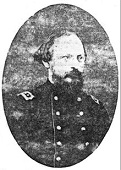





































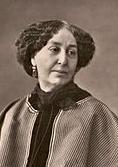


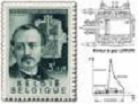

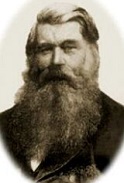










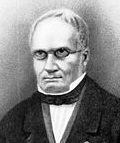

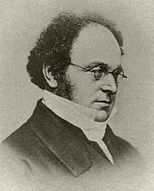


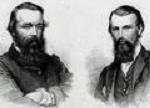
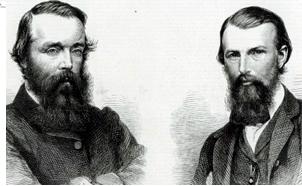

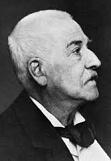



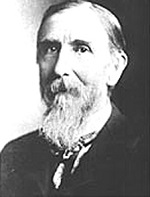
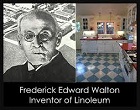

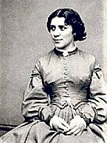
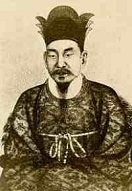









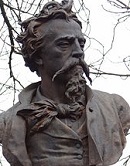
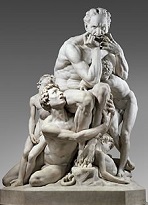



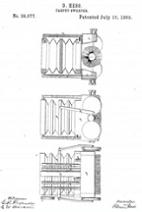
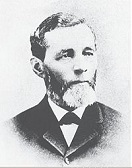



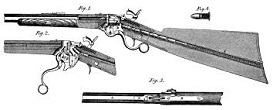
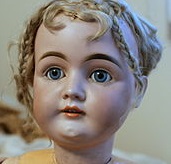
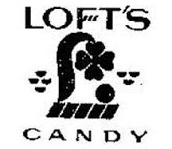
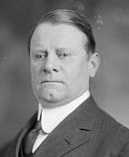
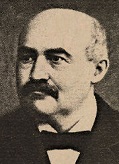
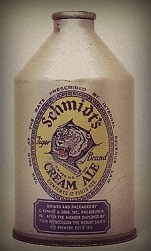

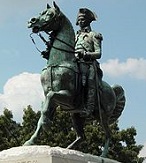
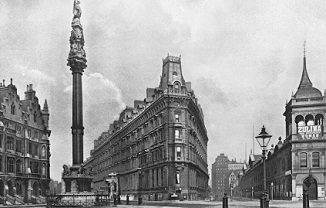
1860 Pop.: Russia: 76M, Italy: 25M, Britain: 23M; Ireland: 5.7M; New York City: 805K; before-the-wind Atlanta, Ga.: 9,554. The Eighth (8th) (1860) U.S. Census reports the total pop. as 31,443,321 in a land area of 2,969,640 sq. mi. (10.6 per sq. mi.); black: 4,441,790; free blacks: 488K; the 23 Northern states have a combined pop. of 21M vs. 9M for the Confederate states (5M white, 4M slaves); blacks are over 50% of the pop. of S.C. and Miss., and over 40% of the pop. of Ala., Fla., Ga., La. and Va. (excluding W. Va.); the slave pop. was 500K at the end of the Am. Rev. in 1781; the over-65 pop. is 2.7% of the total (849K); one of every eight people in the U.S. is foreign-born; there are 1.6M Irish, 1.3M Germans (one-third Catholic), 588K British (mostly English), 72.6K Scandinavians, and 35.5K Chinese immigrants in the U.S.; pop. of Washington, D.C.: 75,080, incl. 60,763 in the city and 8.7K in the village of Georgetown, 14,316 black incl. 3,185 free and 11,131 slave. As of this year no U.S. Republican owns any slaves. Coal production: Britain 3.7M tons; France: 3M tons; U.S.: 2.8M tons; Germany: 200K tons. Farmers make up 58% of the U.S. work force; the North has 85% of the manufacturing plants, 90% of the capital investment, and 92.5% of the industrial output, and the Civil War causes more factories to sprout, so that by 1875 the U.S. is an industrial giant; immigrants make up over half the labor force in New England mills; the South produces 60% of homemade manufactures. Between this year and 1920 mechanization of agriculture causes 1B acres of land to come under cultivation worldwide, and 1B more by 1980; too bad the Am. South doesn't take advantage to divest itself of slavery gracefully?; Chicago ships 30M bushels of wheat to drought-stricken Europe this year, and 50M next year, despite the outbreak of the U.S. Civil War, with former U.S. atty. gen. Edwin McMasters Stanton (1814-69) issuing the soundbyte: "Without McCormick's invention, I feel the North could not win and that the Union would be dismembered"; the $150 McCormick reaper is sold for $30 down, with the balance to be paid in 6 mo. if the harvest is good and over a longer term if the harvest is bad. By this year the Roman Catholic Church is the largest single denomination in the U.S., thanks mainly to Irish immigration. There are 1,269 breweries in the U.S., with most in Penn. and N.Y.; lager is about 25% of total beer production; an avg. brewery in N.Y. has eight employees making an avg. of $347/year. The Scramble for Africa begins (ends 1905), with European nations partitioning it into spheres of influence, protectorates, and colonies without regard to ethnic divisions, the boundaries persisting into modern times; Africa has up to 10K different states and autonomous groups before whitey goes to work; in 1870 only 10% of Africa is under Euro control, growing to 90% by 1914 (excluding Ethiopia and Libya); "We have been engaged in drawing lines upon maps where no white man's feet have ever trod; we have been giving away mountains and rivers and lakes to each other, only hindered by the small impediment that we never knew exactly where the mountains and rivers and lakes were." (British PM Lord Salisbury) On Jan. 1 after landing its first column last Dec. 17, the Battle of Tetouan (Tétouan) (Tetuán) in Morocco sees a Spanish expeditionary force of 41 ships and 36K men led by Gen. Leopoldo O'Donnell, the 1st Conde de Reus et al. attack the Port of Guad al Gelu, stopping the Moroccan offensive on Jan. 31 and taking Tetouan on Feb. 6, causing O'Donnell to be created the 1st Duke of Tetuan. On Feb. 26 (6:00 a.m.) white settlers massacre 80+ Wiyot Indians in Humboldt Bay in N Calif. near Union Town (Arcata), causing outraged reporter Bret Harte to pub. a protest, which causes him to be hounded out of town to San Francisco, where he begins his lit. career. On Feb. 2 Jefferson Davis presents the Southern platform of unlimited states' rights and enslavers' rights to the U.S. Senate, demanding that all six resolutions be passed for the Southern states to remain in the Dem. Party and the Union. On Feb. 27 beardless Abraham Lincoln gives a speech at the Cooper Union (Inst.) in New York City, followed by a speech on Mar. 6 in New Haven, Conn., establishing him as a viable candidate for the Repub. pres. nomination; in New York he leans on Pres. George Washington for support of his views on the spread of slavery into the Western territories. On Mar. 1 Blanco Gen. Bernardo Prudencio Berro y Larranaga (Larrañaga) (1803-68) becomes pres. of Uruguay (until Mar. 1, 1864), and ends illegal slavery on Brazilian-owned Uruguayan estates, stirring Brazilian wrath. On Mar. 7 Lucien W. Bliss, acting gov. of Colo. Territory duels with Judge Dr. Stone with shotguns over the slavery question in Denver at the Platte-Cherry Creek River junction near a gallows on the N shore, and the judge is shot in the hip, wasting away by early Sept.; meanwhile the town newspaper (Rocky Mt. News) moves to a bldg. on stilts in the middle of Cherry Creek to avoid showing favoritism to the rival town of on the other side, which is incorporated into Denver on Apr. 6; too bad, a flood in 1864 wipes it and most of the towns out, but they rebuild, and the paper moves in 1866 to one of the finest brick bldgs. in town, called the "News Block", then goes on to editorialize until Denver becomes the 4th city on Earth to install electric street lights. On Mar. 9 Japanese ambassador to the U.S. (first) Niimi Buzennokami and his 74-man staff arrive in San Francisco, Calif., arriving on Apr. 25 in Washington, D.C., presenting their credentials to U.S. Pres. James Buchanan, and staying at the Willard Hotel, where a crowd of lookieloos arrives to gape and them and their swords; they then travel to New York City, causing a sensation. Meanwhile, Italy furnishes Americans with a sideshow? On Mar. 15 the papal states in Italy (comprising 17K sq. mi.) go up for grabs as the Struggle for Italian Unification (Risorgimento) begins (ends 1870) as Tuscany, followed by May by Emilia, Modena, Parma, Perugia, and the Romagna vote by plebiscite to join Sardinia, against the will of Napoleon III, while a revolt against new Sicilian king (since 1859) Francis II begins in S Italy; in May the Expedition of the Thousand sees Piedmontese anti-papal parliamentarian Giuseppe Garibaldi (the Great Liberator) (1807-82) sail from Genoa in two small steamers with the volunteer Thousand Red Shirts (I Mille) to free the Italian S, landing in Genoa and capturing it, followed by Marsale on?, and Palermo on May 27; on Aug. 14 he lands in Melito, and marches into the Calabrian Mts. On Mar. 17 the Second Anglo-Maori (First Taranaki) War (ends 1872) begins when Maori chief Wiremu Kingi Te Rangitake (1795-1882) refuses to vacate land the whites were trying to legally steal from him. 80 riders and 400 horses cover for the lack of a telegraph system as Americans have finally stolen the continent from east to west? On Apr. 3 the Pony Express created by the merger of the Central Overland Calif. and Pikes Peak Express Cos. begins service between St. Joseph, Mo. and Sacramento, Calif. (1,850 mi.) (ends Nov. 20, 1861 after 19-1/2 mo.); horses are ridden at full gallop, and are changed at 157 (192?) relay stations 10 mi. (12 mi.?) apart, and each rider rides 100 mi.; founders are William Hepburn Russell (1812-72), William Bradford Waddell (1807-72), and Alexander Majors (1814-1900); posters read "Wanted: young, skinny, wiry fellows not over eighteen. Must be expert riders, willing to risk death daily. Orphans preferred. Wages $25 per week"; the first rider is either Johnny Frye or John William "Billy" Richardson (1850-), who departs St. Jo at exactly 7:15 p.m.; William "Sam" Hamilton becomes the last of 30 men to carry the mail on the westward trip, arriving in Sacramento after midnight on Apr. 14 (about 1 hour less than 10 days total); James Randall picks it up eastbound from San Francisco; when the rider reaches St. Jo, overeager spectators pluck hairs from the horse's tail as souvenirs; meanwhile a steamer carries the mail from Sacramento to San Francisco, and when the Pony Express rider disembarks he is greeted by rockets and a band playing "See, the Conquering Hero Comes"; riders carry their mail in a mochila (saddle mail bag), with 1K or so letters wrapped in water-resistant oiled silk, going from St. Jo to Sacramento via Marysville, Kan., Ft. Kearny, Neb., Julesburg, Colo., Ft. Larami, Wyo., Salt Lake City, Utah, and Friday's Station, Nev.; "Buffalo Bill" Cody is a rider at age 15; the mail costs 10 cents from the East Coast and $5 per half oz. from St. Jo to Sacramento; riders incl. Wild Bill Hickock, and William Frederick Cody, who later becomes Buffalo Bill Cody; the Kansas City Internat. Airport is later built 25 mi. S of St. Jo, "where the Pony Express started and Jesse James ended"; Nicholas, Ky.-born stagecoach tycoon Benjamin "Ben" Holladay (1819-87) buys the Pony Express, establishing the Overland Stage Route over the Overland Trail, starting out with a postal contract for mail service to Salt Lake City and growing to seven routes receiving govt. subsidies of $6M/year until he sells-out to Wells Fargo Express in 1866 for $1.5M. On Apr. 6 the Reorganized Church of Jesus Christ of Latter-Day Saints is formed in Independence, Mo. by disgruntled Mormons who can't hack plural marriage plus other doctrines introduced by Brigham Young, and repudiate the name Moron, er, Mormon, changing its name in 2001 to the Community of Christ - the signs one could put up about the lures of Utah? On Apr. 22 Scottish-born explorer John McDouall Stuart (1815-66) reaches 1,916 ft. (584m) Mt. Stuart, the center of Australia (not really, but he thought so) from the S before encountering hostile natives and turning back, causing a £2K reward to be offered to go all the way to the N coast, and on Aug. 20 the 19-man 27-camel, 23-horse Burke-Wills Expedition (largest exploring party in white Australian history), led by inept Irish-born Robert O'Hara Burke (1821-61) and surveyor William John Wills (1834-61) sets out from Melbourne, Australia to find a S-N route through mainly desert Australia, reaching the Gulf of Carpentaria next Feb.; after returning for home, they arrive at Coopers Creek next Apr. 21, only to find that the party they left there had departed a few hours earlier for Menindee; the men then lose their last camel, become too weak to go on, and Burke and Wills die of starvation in June; Wills' father later edits his diary for pub.; meanwhile Stuart sets out again next Jan. 1 with 12 men and 49 horses, reaches the Gulf of Carpentaria on Feb. 11, and returns in Sept., becoming a big hero. On Apr. 23 the 1860 Dem. Nat. Convention opens in Charleston, S.C., then splits on May 23 into Northern and Southern sections after the Northern delegates refuse to agree to a pro-slavery platform, causing the delegates of eight Southern states, led by William Lowndes Yancey (1814-63) of Ala. to walk out; on June 18 the Northern (rump) section holds its 1860 Dem. Nat. Convention in Baltimore, Md., and splits again, the Northerners on June 23 nominating Ill. Sen. Stephen Arnold Douglas (1813-61) for U.S. pres. and Ga. gov. (1853-7) Herschel Vespasian Johnson (1812-80) for vice-pres.; the 1860 Dem. Party Platform of June 18 defers to the U.S. Supreme Court for guidance on the slavery issue; New York City banking millionaire ("King of Fifth Avenue") August Belmont Sr. (1813-90) (a French-born Prussian Jew who immigrated to New York City in 1837 as the first U.S. rep. of the Rothschild banking house in Frankfurt) supports Douglas and becomes chmn. of the Dem. Nat. Committee, going on to help the Union finance the war with England and France; on June 23 the pro-slavery Southern section of the Dem. Nat. Convention nominates Ky.-born vice-pres. John Cabell Breckinridge (1821-75) (whose portrait bears a striking resemblance to Hollywood actor Kyle MacLachlan (1959-)?) for pres., and N.C.-born Joseph "Joe" Lane (1801-81) for vice-pres.; on May 9 the Constitutional Union Party, made up of former Whigs trying to ignore the slavery issue and concentrate on preserving the Union nominates Nashville-born Tenn. Sen. (former House Speaker) John Bell (1796-1869) for pres. and Boston-born Edward Everett (1794-1865) for vice-pres. Another Faustian bargain, or God's hand? On May 18 (19 mo. after John Brown's Harper Ferry raid) despite candidates like William H. Seward, Salmon P. Chase, and Edward Bates being better known, prepared, and financed, perceived moderate (lesser of evils?) Abraham Lincoln of Ill., after announcing that "no such good luck" was in store for him this time (with the power to carry Ill. and Ind.) outmaneuvers them to win the pres. nomination at the 1860 Repub. Nat. Convention in Chicago, Ill. on the 3rd ballot after the favorite Sen. William H. Seward of N.Y. is perceived as too radical on slavery for Northern tastes and too friendly towards immigrants to please the Know-Nothings now in the party; the 1860 Repub. Platform incl. no extension of slavery, protective tariffs, internal improvements, and free land for Western settlers really pisses the Southerners off, but the Repubs. have written them off anyway; Lincoln's campaign slogan is "Vote yourself a farm"; Hannibal Hamlin is nominated for vice-pres. On June 6 (July 2 Old Style) the Russian military supply ship Manchur commanded by Capt.-Lt. Alexey K. Shefner founds the outpost of Vladivostok (Russ. "ruler of the East") (modern-day pop. 600K) on the Golden Horn Bay near the Russian borders with China and Korea; town status is granted on Apr. 22, 1880; in 1916 the Trans-Siberian Railway connecting Vladivostok to Moscow is completed, giving a royal road to Europe. On June 30 the strange case of Constance Emilie Kent (1844-1944) begins in Somerset, England when 4-y.-o. Francis Savile Kent is found dead in Rode, Wiltshire, England in an outhouse, and in 1865 his half-sister Constance, who was sent to a convent in France confesses to an Anglican clergyman, then turns herself in, after which the clergyman cites the sanctity of sacramental confession to avoid giving evidence against her, which doesn't matter, as she pleads guilty, after which there is a public outcry against the Anglican Church leading to a Parliamentary inquiry; meanwhile Constance Kent is sentenced to death, commuted to life, and released in 1885 at age 41, then lives to 100, getting a congratulatory telegram from the British king; was she the real Jack the Ripper? On June 30 English biologist Thomas Henry Huxley (1825-95) (who coined the term "agnostic") debates with liberal Anglican divine (bishop of Oxford since 1845) Lord Samuel Wilberforce (1805-73) (a fellow of the Royal Society and son of abolitionist William Wilberforce who is known as Soapy Sam from his holy hand-washing gestures) on Darwinian evolution at Oxford U., helping to push it over on the public, although Wilberforce held his ground and got off a good one by asking Huxley whether it was through his grandfather or grandmother that he claims descent from a monkey, to which he replies that he would not be ashamed to have a monkey for his ancestor, but would be ashamed to be connected with a man who used his great gifts to obscure the truth; blind economist Henry Fawcett (1833-84) shouts out that Wilberforce must have never read a word of Darwin's "Origin of Species", and gets away with it because Bewildered Force knows he's blind? - he didn't respond that all Bible thumpers are apes, he just hoped to be understood that way? On July 13 a UFO is spotted in Wilmington, Del., followed by another on Aug. 6 in Norfolk, Va., another on Sept. 24 in Nebraska City, Neb., and another on Nov. 10 Washington, D.C. On July 16 a Muslim uprising in Damascus massacres 6K Christians and destroys the Christian quarter before Algerian-born Sufi leader Abdelkader El-Djezairi (1808-83) intervenes to stop it, becoming an internat. hero despite devoting his life to stopping Westernization of the Muslim World - no more Pauls on Straight Street? In July Queen Victoria and Prince Albert sit for stylish new carte de visite photo portraits by John Jabez Edwin Mayall (1813-1901) of Regent St., London. Thanks for your cooperation? On Aug. 1 after China bans foreign embassies in Peking, British forces under Gen. Sir James Hope Grant (1808-75) land, then on Aug. 12 bombard Sinho with the world's first breech-loading rifled artillery pieces, taking the Taku Forts opposite Hong Kong on Aug. 21; meanwhile on Sept. 21 French forces under Gen. Charles Guillaume Marie Apollinaire Antoine Cousin-Montauban (1796-1878) (created Comte de Palikao by Napoleon III in 1862) defeat the Chinese at the Battle of Palikao (Pa-li-Chau) at Eight Mile Bridge outside Peking, and reach Peking on Sept. 26, occupying it with 17K Anglo-French soldiers on Oct. 6, then on Oct. 18-20 burning the already-looted Imperial Summer Palace (Yuan Ming Yuan) 9 mi. NW of Peking (built 1707) at the orders of British high commisioner to China (former gov.-gen. of Canada and son of the Elgin Marbles guy, therefore a pro at destroying historical monuments to get souvenirs?) James Bruce, 8th Earl of Elgin (1811-63) in retaliation for the 10-day imprisonment starting on Sept. 18 of British diplomat Sir Harry Smith Parkes (1828-85), destroying priceless antiquities, along with some hairy parks, but saving a lot of porcelain which ends up in English and French country houses, after which the act is criticized by Victor Hugo et al. as barbaric, although the Brits never give the goodies back; the imperial court is forced to relocate to the Forbidden City (until 1924), and a new smaller Summer Palace is built by Empress Cixi, then burnt again by the Brits in the 1900 Boxer Rebellion; on Oct. 18 the Treaty (Convention) of Peking between junky Qin Dynasty China, Britain, France, and Russia, negotiated by Russian diplomat Count Nikolai (Nikolay) Pavlovich Ignatiev (Ignatyev) (1832-1908) and signed by Prince Gong of China and Lord Elgin of Britain forces China to open 11 ports to Westerners, cede both banks of the Amur River and the land S of Vladivostok (Ussuri Krai, the ancient Manchu province of East Tartary) to Russia, and Stonecutters' Island and 3 sq. mi. of the Kowloon Peninsula to Hong Kong for a 99-year term; on Oct. 24 another treaty gives the British rights to opium trading in 90% of the country, and gives Christians the right to proselytize and own property, ending the Arrow War (begun Oct. 8, 1856) - opium and Christ go hand in hand? On Aug. 11 the first successful silver mill in the U.S. begins operation near Virginia City, Nevada (alt. 6K ft.); in 1865 Virginia City is home to "seven cemeteries full of murdered men, seven empty prisons, 120 saloons, 800 prostitutes, and a place where 16,000 quarts of whiskey were consumed each week", with all of its food needed to be imported, incl. huge quantities of caviar, truffles, lobsters, and champagne imported weekly, causing Mark Twain to call it "the Athens of the West"; as the silver runs out, the town keeps its economy going with cattle, banking, and telegraph and transportation hub services. On Aug. 13 Danilo II (b. 1826) dies, and his nephew Nicholas I (1841-1921) becomes prince-bishop of Montenegro (until Aug. 28, 1910), going on to promulgate the country's first 1860 Montenegran Constitution, and become the country's first and only king in 1910-18. On Aug. 20 (4:00 p.m.) the 19-man Burke and Wills Expedition to explore Australia from S to N, led by Irish-born Robert O'Hara Burke (1821-61) and British-born surveyor William John Wills (1834-61) sets out from Royal Park, Melbourne, reaching the N coast in 1861; too bad, seven die on the return journey incl. both leaders; only Irish-born John King (1838-72) makes it all the way back to Melbourne; on Jan. 23, 1863 a state funeral is held for Burke and Wills, attended by 40K, becoming the biggest funeral in Australia until ?. On Sept. 18 the bloody Battle of Castelfidardo in the Marche is a V for the 39K-man Piedmontese (Sardinian) army under gen. Manfredo Fanti (1806-65) over the 10K-man papal army (formed after a papal call, backed by Jesuit propaganda, and containing volunteers from 22 countries incl. France, Belgium, Austria, Switzerland, Spain, and Canada) under gen. Cristophe Leon Louis Juchault de Lamoriciere (Lamoricière) (1806-65) (who is captured and goes into retirement), reducing the papal states to Lazio after adding the Marches and Umbria to the Kingdom of Italy; the papal army loses 88 KIA, 400 wounded, and 600 captured vs. 61 KIA and 184 wounded for the Piedmontese; while inspecting the casualty list, Piedmontese gen. Enrico Cialdini (1811-92) utters the soundbyte "You would think this was a list of invites for a ball given by Louis XIV"; the Franco-Belgian battalion becomes the nucleus of the papal Zouaves. On Sept. 22 Texas gov. Sam Houston (1793-1863) gives a speech in Austin, appealing to Texas to not secede from the Union, with the soundbyte: "What is there that is free that we have not got? Are our rights invaded and no government ready to protect us? No! Are our institutions wrested from us and other foreign to our taste forced upon us? No! Is the right of free speech, a free press, or free suffrage taken from us? Has our property been taken from us and the government failed to interpose? No, none of these! The rights of the States and the rights of individuals are still maintained... Are we to sell reality for a phantom?" On Sept. 26 Milos Obrenovic I (b. 1780) dies, and his son, former prince of Serbia (1839-42) Michael (Mihailo) Obrenovic III (1823-68) regains his throne (until June 10, 1868), ruling as an enlightened despot, advocating the idea of a Balkan federation against the Ottoman Empire. On Sept. 30 Capt. Elias D. Pierce and a party of prospectors pan less than five cents worth of gold on Nez Perce land, setting off the first Idaho Gold Rush; the town of Pierce is founded in the winter - he thought that Nez Perce meant himself? On Oct. 1-2 Francis II and his 124K-man army are ovolturnoed at the Battle of Volturno (Volturnus) by the combined forces of Giuseppe Garibaldi and Sardinian king Victor Emmanuel II, and flee to the fortress city of Gaeta on Nov. 4, causing the Italian army under gen. Enrico Cialdini to begin the Siege of Capua in Oct. (ends Nov. 2) (the first major contribution to Garibaldi's campaign by the Piedmontese regular army), and the Siege of Gaeta on Nov. 5 (ends Feb. 13); Prussian-born Swiss soldier Col. Friedrich Wilhelm Rüstow (1821-78) is his chief of staff, responsible for the Vs; meanwhile in Oct. Garibaldi declares himself dictator of the Two Sicilies, then gives the whole of S Italy incl. Naples and Sicily to Victor Emmanuel II in Nov., finally uniting N and S Italy, after the latter kicks the butt of the Papal States and goes S to meet him in Naples, avoiding French-guarded Rome; Bologna votes overwhelmingly in favor of annexation to Italy; the new king of Naples goes on to greatly improve its port; Italian journalist Ernesto Teodoro Moneta (1833-1918) fights with Garibaldi in the Expedition of the Thousand, then turns pacifist and wins the 1907 Nobel Peace Prize; Am. Southerners eagerly read about Garbialdi's exploits and adopt him as their hero - especially as his portrait bears a striking resemblance to Gen. Stonewall Jackson, which is where those Clint Eastwood Spaghetti Westerns later come from? On Oct. 3 10K Wide Awakes march for the Repub. Party in New York City in a 3-mi. column; by Sept. there are 4 00K Wide Awakes nationwide, all ready to lynch, er, burn, er, join the Union Army and kick rebel butt under their man Lincoln. A last ditch attempt to save the Union depends on a 47-y.-o. failing lush? In Oct. after Lincoln refuses to campaign in the South (which doesn't even have his name on the ballots), and receiving news in Cedar Rapids, Iowa of Repub. state victories in Penn. and Ind., Stephen Douglas declares "Mr. Lincoln is the next President. We must try to save the Union. I will go South", and begins to campaign extensively in Tenn., Ga. and Ala., commenting, "I do not believe that every Breckinridge man is a disunionist, but I do believe that every disunionist is a Breckinridge man"; even though he is repudiated by the South, he becomes the first pres. candidate to stump the entire country. The die is cast for war Between white and white in America? On Nov. 6 the fateful 1860 U.S. Pres. Election sees beardless Abraham "Honest Abe" Lincoln (1809-65) of the Repub. Party elected pres. of the high-tension U.S., with 1,864,735 votes (40%) (180 electoral votes, a majority), incl. a majority of the votes in the North (only 26,388 votes in the South), compared to 2,821,157 for the combined opposition; Northern Dem. Stephen Douglas gets 1,375,157 votes (29%) (a lousy 12 electoral votes, 9 from Mo. and 9 from N.J.), Southern Dem. John C. Breckinridge gets 847,953 votes (18%) (72 electoral votes, incl. every state in the Deep South plus N.C., Del., Md.); Constitutional Union Party (Whig) John Bell brings up the rear with 589,581 votes (13%), but comes in 3rd in electoral balloting with 39 electoral votes, from Tenn., Va., Ky.); the first (only) time that a third party elects a U.S. pres.; the American people actually end up voting overwhelmingly for pro-Union (all except Breckinridge) and anti-slavery-expansion (Lincoln) candidates, but the stampede for secession is already on (something about not letting the door hit your ass on the way out?); Lincoln gets just 179 votes (25%) in Los Angeles, Calif., and during the war there is talk of pro-Confederacy Southern Calif. splitting off to form its own state, causing Camp Drum (San Pedro) in San Pedro (closed Nov. 7, 1871) to be built next year by the U.S. govt., which stations troops in Catalina Island to prevent Confederate privateers from seizing it; rumors that he's a secret Roman Catholic circulate, based on his past defense of a priest in a slander lawsuit and denunciation of the Know-Nothing Party; Lincoln starts growing a beard after the election after 11-y.-o. Grace Greenwood Bedell (1848-1936) writes him a letter suggesting it, making him the first U.S. pres. to wear one (Grant, Hayes, Garfield, Harrison), and the first photo showing him bearded is taken on Nov. 25 in Chicago by Samuel G. Alschuler - the Emperor Hadrian of presidents? A lame attempt at a last minute compromise proves a critical failure? On Nov. 14 Alexander Stephens addresses the Georgia Legislature on secession; Congress meets, and on Dec. 18 the 11th-hour Crittenden Compromise is offered by Ky. Dem. Sen. (since 1855) (former U.S. atty. gen. in 1841 and 1850-3) John Jordan Crittenden (1786-1863), a member of the Senate Committee of Thirteen appointed to review compromise plans; it proposes a line at 36 deg. 30 min., S of which slavery will be permanently protected in all present and future territories, and offers compensation to the owners of fugitive slaves, causing pres.-elect Lincoln in Springfield, Ill. to advise Repub. senators: "Entertain no proposition for a compromise in regard to the extension of slavery"; Repub. opposition led by tall club-footed Radical House Ways and Means chmn. (1861-8) Thaddeus Stevens (1792-1868) of Penn., known for wearing an ugly wig over his bald head while hooking up with his widowed light-skinned quadroon mistress Lydia Hamilton Smith (1813-84) (who apes Mary Todd Lincoln in dress and appearance) kills it in the House in Jan. and the Senate in Mar. This would be a good time for one hell of a speech? On Dec. 3 lame duck Pres. James Buchanan gives his Fourth Annual Message to Congress, arguing that secession is illegal, but that he lacks authority to coerce a state; however, the pres. can enforce the laws upon individual citizens, since the U.S. officially doesn't recognize secessions; by the end of Dec. two of his three Southern cabinet members depart, and he frantically waffles to the end hoping for a rabbit to come out of a hole, and finally coming to believe he'd be the last U.S. pres. - if he only weren't such a wuss, everybody's thinking? On Dec. 6 the S.C. legislature sets a special election to choose delegates to a convention for Dec. 20. On Dec. 7 after the railroad reaches it on July 4, the city of Valdosta, Ga. ("the Azalea City") 140 mi. S of Macon (modern-day pop. 56K) is incorporated, becoming the center of long-staple cotton growing manned by black slaves; in 1897 the world's 2nd Coca-Cola bottling plant opens there; in 1899 the cotton mill town of Remerton is founded 2 mi. away; Valdosta later becomes known for its sweet mild Valdosta Onions. Oh what I wouldn't give to have these two weeks back? On Dec. 20 S.C. unanimously votes an Ordinance of Secession, dissolving "the union between the State of South Carolina and the other States united with her under the compact entitled 'The Constitution of the United States of America'", and seceding from the Union (#1); before Lincoln's inauguration six more Southern slave states secede, with eight more of the 15 slave states on the fence. On Dec. 26 Maj. Robert Anderson (1805-71) (a pro-slavery Unionist from Ky.) moves his 80-man garrison from Ft. Moultrie to the more defensible but uncompleted Ft. Sumter in seceded Charleston, S.C. Harbor, saying to the South, in effect, "up yours"; this is one of only four U.S. military posts in seceded states, and the most important; S.C. politely requests the Union to transfer the fort, but Pres. Buchanan refuses. In Dec. 30 white miners surprise-attack the camp of some Bedonkohe Apaches on the W bank of the Mimbres River, killing four and capturing 13 women and children, pissing-off Apache chief Mangas Coloradas (1793-1863), who goes on the warpath, raiding U.S. territory. Spanish pretender Don Carlos Luis (1818-61) and his brother Ferdinand land in Spain in an attempt to start an uprising, but it fizzles and they are captured, and Don Carlos renounces his claims; when he dies next year his youngest brother Don John (Juan) inherits his claims. William "Coffee Cowboy" Walker of the U.S. attempts another invasion of Nicaragua, then Honduras, where he is executed; the British return the Bay Islands and part of Mosquitia to Honduras. Peru adopts a liberal (but more conservative than in 1856) 1860 Peruvian Constitution, which lasts for 60 years (until 1920) (except 1862-8 and 1879-81), reducing the pres. term to four years but giving him greater powers, while allowing congress to examine his admin. acts at the end of each legislative session; his cabinet members must also report to congress. The Food Adulteration Act is passed in Britain, becoming the first gen. pure food law in the English-speaking world; despite it, 87% of bread and 74% of milk in London is still adulterated by next year. Norodom I (1834-1904) becomes king of Cambodia (until 1904). There is a smallpox epidemic in Penn. (ends 1861). France annexes Savoy, the last piece of the medieval kingdom of Burgundy or Arles in SE France, formed in 933. Finland acquires its own currency, the Finnish markka. Scottish-born hatmaker and liberal self-taught laissez-faire economist James Wilson (1805-60), founder of The Economist mag. and the Std. Chartered Bank develops India's first budget, incl. an income tax that becomes widely hated by the zamindars (landed class), persisting to modern times; his understudy Sir Richard Temple later utters the soundbyte: "He [Wilson] introduced for the first time in India a financial budget framed upon the English model – inspired the public mind with fresh confidence – brought together the threads of finance which had been broken and scattered by a military and political convulsion – stimulated the operations of the Military Finance Commission to review the numerous branches of civil expenditure – reviewed the existing system of audit and account – besides discharging the multifarious duties devolving on a finance minister and a member of the general government." Prince Albert Edward of Wales visits Canada, starting a custom of goodwill visits by members of the British royal family to British dominions and other countries. After the efforts of Susan B. Anthony, married women in New York State are given guardianship of their children and control of their own earnings. The British, while claiming neutrality, and backed by the U.S., begin sending arms to the Manchus to reopen the opium trade, while the Taipings, attempting to become good Christians plead Europe and the U.S. for Christian missionaries, most of whom refuse to go because of propaganda by the British and U.S. missionaries already there, who want to impose only their brand of Christianity, and consider heretic Chinese Christians worse than the Manchus, setting the Taipings up to be crushed by the Manchus, and the Boxer Rebellion later to want to kill all foreign devil Christians; in 1864 there are 200 Protestant missionaries in China from 30 different sects, increasing to 1.3K missionaries by 1889. Bestselling travel writer Frederick Temple Hamilton-Temple-Blackwood, Lord Dufferin (1826-1902) begins his diplomatic career as British commissioner to Syria, working his way up to gov.-gen. of Canada in 1872 and viceroy of India in 1884. Blacks helping whites kill reds and browns, doo-dah, doo-dah? Beginning in this decade immigrant parties of whites who run into Indians in the Am. West are routinely killed, mutilated, raped, and butchered; in 1866 the Buffalo Soldiers (black troopers of the 9th and 10th cavalry regiments and the 24th and 25th infantry regiments) are formed to fight in the Final (Solution?) Indian Wars (1864-90); the name Buffalo is a mark of respect from the Indians; during the U.S. Civil War blacks offering themselves for military service in the E are turned into cooks, carpenters, and laborers at first, but by war's end almost 200K serve under the U.S. flag; in 1864-90 45K+ Indians are killed by the palefaces in "the final solution to the Indian problem" (Gen. William Tecumseh Sherman); Adolf Hitler later becomes a fan of Wild West Old Shatterhand novels by German writer Karl Friedrich May (1842-1912), using the genocide number done on the Indians as his model for Jews? In this decade Russian intelligentsia begin a relentless campaign until the 1960s against the poshlost, "the Russian version of banality, with a characteristic national flavoring of metaphysics and high morality, and a peculiar conjunction of the sexual and the spiritual. This one word encompasses triviality, vulgarity, sexual promiscuity, and a lack of spirituality." (Svetlana Boym) In this decade the Mormons drop "Great" from the name of Salt Lake City. In this decade The Avenues neighborhood of N Salt Lake City, Utah is established, with a perfect gridlike street pattern on 2.5-acre blocks, with N-S streets named for trees, and E-W streets given names incl. Fruit, Garden, Bluff, and Wall, changing by 1885 to A-V Sts., changing to A-V Aves. in 1907; the SW side attracts artisans, while the E side becomes known as Butcherville for its slaughterhouses; water is scarce until 1908, after which it becomes a middle-upper class trolley suburb; newer towns incl. Denver, Colo. copy the grid pattern, becoming known as Mormon Towns. In this decade the French under Marie Joseph Francis (Francois) Garnier (1839-73) try to find a navigable route up the Mekong (Mae Nam Khong) River into China, but give up after encountering rapids near Kratie, Cambodia, followed by the Khone Falls in S Laos, which has double the water flow of Niagara Falls (most in the world). In this decade the British Israel Movement is launched in Britain by the Freemasons and Jews to create a new state of Israel in Ottoman-controlled Muslim-filled Palestine; meanwhile the British Israelism (Anglo-Israelism) movement claims that the British royal family are direct descendants of King David. In this decade the Joker card starts out as the Best Bower in the game of Euchre (Juker), evolving into the Joker in the 1870s and arriving in Europe in the 1880s along with the game of Poker. In this decade Harris, Scotland begins producing hand-woven hand-spun Harris Tweed, made with wool from Scottish Blackface sheep; nearby Lewis later begins making hand-woven machine-spun tweed, with shorter fibers. In this decade the Shakers of Mount (New) Lebanon, N.Y. begin producing minimalist ladder-back turned post chairs with woven seats. In this decade Frogs, er, French poets Stephane Mallarme (Stéphane Mallarmé) (Étienne Mallarmé) (1842-98), Paul-Marie Verlaine (1844-96), Arthur Rimbaud (1854-91) et al. found the Symbolist Movement in Poetry, based on Charles Baudelaure's 1857 Les Fleurs du mal (The Flowers of Evil) and the works of Edgar Allen Poe, claiming that there is another world beyond the surface, and coming up with soundbytes incl. "drunken boats", "fragrances fresh as the flesh of children", etc.; Yeats later joins; Edgar Allan Poe and Pierre Baudelaire are claimed to be forerunners; Mallarme holds famous Tues. night soirees (Mardistes) attended by Oscar Wilde, William Butler Yeats, Paul Valery, Andre Gide, Marcel Proust et al. Count Leo Tolstoy makes a trip to Europe, confirming his revulsion at Western society, and next year manumits his serfs and establishes a school for former serf and peasant children. Scottish-born detective Allan Pinkerton (1819-84) makes his rep with the recovery of a large sum for the Adams Express Co. Garroting becomes popular in England in this decade as tool of highway robbers. The first modern Welsh Nat. Eisteddfod (Gael. "eistedd" = sit) (first held in 1176) is held in Denbigh. In this decade cartoonist Thomas Nast begins portraying Santa Claus as wearing a soft fur hat. Glass ornaments replace sweets on Christmas trees in Germany. The empress of Austria has a sensational 16-in. waist. By this year in the U.S. there are only about 300 public high schools and 10K public libraries (not all of them free) housing 8M vols. By now there are 817 steamboats operating on W U.S. rivers. In this decade steel rails are substituted for iron rails in railways. Robert Fizroy of the British Meteorological Office coins the word "forecast". Englewood, Colo. is founded in the area of Little Dry Creek S of Denver under the name Orchard Place by Thomas Skerritt, who ploughs the first road to Denver in 1864; in 1883 the Cherrelyn horsecar path is laid, later hosting the Cherrelyn horse trolley, which connects with Denver's Broadway (until 1908); Englewood is incorporated in 1903, with landowner J.C. Jones as mayor #1; in 1905 Swedish Nat. Sanatorium (later Swedish Medical Center) is founded; in 1849 the city purchases 2.5K acres on the Platte Canyon, creating McLellan Reservoir, giving it water independence from Denver, sparking a building boom; in 1965 Cinderella City Mall is founded on the former city park, opening on Mar. 7, 1968, becoming the largest covered mall W of the Mississippi River; it is demolished in 1999. The Russian Orthodox Church establishes a monastery in Jerusalem. The lost ruins of the Temple of Angkor Wat in Cambodia are rediscovered (for the umpteenth time?) in the jungle by French explorer Henri Mouhot (1826-61), who dies next year in Laos, after which his memoirs become a bestseller; the ruins are cleared in 1908 and a moated park created around them. Wheaton College is founded in Wheaton, Ill. by Wesleyan Methodist abolitionists, going coed and becoming a stop on the Underground Railroad. In this decade R.W. Little of England founds Societas Rosicrucia in Anglia the modern movement of Rosicrucianism, claiming ties to the 1413 Society of the Rose and Cross. The first schoolhouse opens in Boulder, Colo. The Free Methodist Church of North Am. is founded in Pekin, N.Y. by lay members excluded from the Genesee Conference of the Methodist Episcopal Church who want to restore the historic Wesleyan faith sans slavery, secret societies, and rented pew seats; co-founder Benjamin Titus "B.T. Roberts (1823-93), author of "New School Methodism" becomes its first bishop. The Catholic Times begins pub. in Britain (until ?). After a series of articles in the London Times (1855-65) on the scandal of naked bathing (on separate beaches), women begin wearing modest bathing suits of serge, replacing vast canvas smocks; men wear a striped sailor's costume - picture yourself here, and here? French photographer Nadar (Gaspard-Felix Tournachon) (1820-1910) copyrights a series of Photos of the Genitalia of a Hermaphrodite, which are later put on display at Musee D'Orsay in Paris. The city of Bakersfield, Calif. at the S end of the San Joaquin Valley (modern-day pop. 376K/839K) is founded by German immigrant Christian Bohna; too bad, it is swept away by floods in 1862, after which Ohio settler Thomas Baker refounds the town at Baker's Field in 1863, growing to 600 pop. by 1870 and incorporating as a city in 1873, becoming the seat of Kern County in 1874 until bad sheriff Alexander Mills causes the town to disincorporate in 1876, not reincorporating until Jan. 11, 1898, going on to become known for agriculture and oil production, and as the birthplace of the Bakersfield Sound. The town of Lincoln Park (originally Lake Park and Cemetery Park, renamed on June 12, 1865) facing Lake Michigan in N Chicago, Ill. is established, becoming the home of the Chicago History Museum, Peggy Notebaert Nature Museum, Lincoln Park Conservatory et al. The Census for Va. and N.C. lists 348 tobacco factories, virtually all producing chewing tobacco; only six produce smoking tobacco from leftover scraps; the first manufactured cigarettes appear, incl. the Bull Durham brand. Gentlemen's club living in London's West End reaches "a scale of splendour and completeness hitherto unattainable". In this decade the theatrical district of New York City becomes concentrated along the Bowery, an avenue parallel to Broadway between Chatham Square and Cooper Square which was originally an Indian trail, then the road to the farm (bouwerij) of Gov. Peter Stuyvesant; by 1870 it becomes a center of vice, and by the end of the cent. is a center for Yiddish theater. P.T. Barnum gets Siamese twins Chang and Eng to come out of retirement for a 6-week engagement. The Tonghak (Donghak) (Eastern Learning) mass movement in Samnye, Cholla Province, Korea is founded by Choe Je-u (Che-u) (Korean "save and proclaim") (1824-64) AKA Su-un ("water cloud"), a syncretic religion combining Confuscian, Buddhist, Daoist, and Roman Catholic elements to fight Western influence (learning), return to the Way of Heaven, and help the rural poor, sparking peasant revolts leading to his execution by order of the Daewongun on Apr. 15, 1864 on trumped-up charges. Ohio-born William Tecumseh Sherman becomes the first supt. of the new military college in La., and resigns next year after La. is on the verge of secession in order to join the Union side. Oxford student Algernon Charles Swinburne (1837-1909) gets off to a fast start, writing two dramas and contributing verse and prose to Undergraduate Papers, ed. by John Nicol (1833-94), then leaving without a degree and hanging out with poets Dante Gabriel Rossetti and William Morris. German-born Jewish "Can Can" composer Jacques Offenbach (1819-80) becomes a French citizen. French actor Benoit-Constant Coquelin (1841-1909) makes his debut at the Comedie-Francaise on Dec. 7 as the comic valet Gros-Rene, becoming a star of 40+ plays during the next 32 years (until 1892). Ralph Waldo Emerson writes "The stern old faiths have all pulverized. 'Tis a whole population of gentlemen and ladies in search of religions." Charles Darwin writes a Letter to Asa Gray, with the soundbyte: "I own that I cannot see as plainly as others do, and as I should wish to do, evidence of design and beneficence on all sides of us. There seems to be too much misery in the world. I cannot persuade myself that a beneficent and omnipotent God would have designedly created the Ichneumonidae with the express intention of their feeding within the living bodies of caterpillars, or that a cat should play with mice"; too bad for gleeful atheists, he adds "On the other hand, I cannot anyhow be contented to view this wonderful universe, and especially the nature of man, and to conclude that everything is the result of brute force. I am inclined to look at everything as resulting from designed laws, with the details, whether good or bad, left to the working out of what we may call chance"; in the Apr. 21, 1862 London Illustrated News he adds "I feel most deeply that this whole question of Creation is too profound for human intellect. A dog might as well speculate on the mind of Newton! Let each man hope and believe what he can." Josiah Dwight Whitney (1819-96) is appointed chief of the Calif. Geological Survey (until 1874), getting Mount Whitney (highest point in the continental U.S.) and Whitney Glacier on Mount Shasta (first confirmed glacier in the U.S.) named after him despite screwing up with the Calaveras Skull Hoax in 1866, and wrongly dissing John Muir for claiming that the Yosemite Valley was carved by glaciers. Frisco (F-Town), Tex. (modern-day pop. 170K) on the Shawnee (Preston) Trail starts out as Lebanon, Tex.; in 1902 the St. Louis-San Francisco Railway builds a watering stop 4 mi. W of Lebanon on low ground called Emerson, which in 1904 is renamed Frisco City in honor of the railway. Gump's Store is founded in San Francisco, Calif. for Silver Rush winners, specializing in fancy gilded mirrors; "Gump's is everything you want and nothing you need"; it is located across the street from Morton's Alley (later called Maiden Lane), heart of the brothel district, where hundreds of 6.5' x 4.75' rooms turn over 80-100 johns a night each - honey, look what I just bought you? Gay English scholar Oscar Browning (1837-1923) becomes a master at Eton College, going on to hook up with Jewish artist Simeon Solomon in 1868, then get dismissed in 1875 for having an "overly amorous" relationship with pupil George Curzon after taking him on a trip to Europe without parental permission. The Maj School of Czech poetry, led by Vitezslav Halek (1835-74) dumps Byronic moronic romanticism in favor of social realism and political reform as the Bohemians are given more freedom by the Austrian constitutional reforms. Standard & Poor's is founded to pub. research and analysis on U.S. stocks and bonds by Henry Varnum Poor (1812-1905). The New York World begins pub. (until 1931), becoming the voice of the Dem. Party; in 1883 it is acquired by Joseph Pulitzer, who plunges it into yellow journalism, raising circ. to 1M, hiring Nellie Bly, who pioneers investigative journalism, and repeats Jules Verne's 1873 novel "Around the World in Eighty Days" in 72 days in 1889-90; in 1890 the New York World Bldg. is built, becoming the world's tallest office bldg.; in 1896 it becomes the first newspaper with a color supplement. The Cornhill Mag. is founded in London (until 1975), with William Makepeace Thackeray as ed., going on to inculcate innocuous Victorian morals through articles and serialized novels, and attracting Queen Victoria herself to pub. Leaves from the Journal of Our Life in the Highlands in it. Paperback dime novels and guide books appear with the establishment of Irvin P. Beadle & Co. Gross sales of books in the U.S. is nearly $20M this year, up from $2M in 1820 and $12M in 1850; from 1820-60 U.S. authors increase their share of the U.S. market from about one-third to two-thirds. In this decade the phrase "An apple a day keeps the doctor away" first appears as an old saying from Pembrokshire, Wales; the modern form appears in 1922. Philly-born Anna Elizabeth Dickinson (1842-1932) begins giving abolitionist speeches, continuing throughout the Civil War and earning an unheard-of $20K a year in some years. Later in this decade the Burlesque Show is brought to the U.S. from Britain by amply proportioned Lydia Thompson (1838-1908) and her British Blondes, later evolving into strip tease. The U. of Aberdeen in Scotland is formed by the merger of King's College (founded 1495) and Marischal College (founded 1593), becoming the first medical school in Britain. James Athearn Folger (1835-89) founds J.A. Folger Coffee Co. in San Francisco, Calif. In this decade W.H. Goss of Stoke-on-Trent in England becomes producing small porcelain ornaments bearing the arms of towns, which become popular. Loft Inc. candy co. is founded in Lower Manhattan, N.Y. by London-born English immigrant William Loft (1828-1919), who hands his business to his eldest son George William Loft (1865-1943) in the 1890s, who expands the business and builds a factory in Long Island City, N.Y., going on to become the world's largest candymaker in the 1920s; in June 1941 it merges with PepsiCo, which spins-off the Loft Candy Corp. The Christian Schmidt Brewing Co. is founded in Philly by Machstadt, Wurttemberg, Germany-born Christian Schmidt (1833-94); in 1896 it acquires Robert Smith's Brewery, growing to #13 in the U.S. in 1959 (1.75M barrels). Higbee's department store is founded on Sept. 10 in Cleveland, Ohio by Edwin Converse Higbee and John G. Hower; in 1929 it is acquired by the Van Sweringen brothers; in 1935 it goes bankrupt. Architecture: In this decade Kansas State Penitentiary is founded in Lansing County, Kan. in Leavenworth County; in 1990 it is renamed Lansing Correctional Facility. Denver Gen. Hospital is founded at 11th Ave. and Wazee St. in Denver, Colo., moving to 6th Ave. and Cherokee St. in the Lincoln Park neighborhood in 1873, founding the first nursing school W of the Mississippi River and pioneering the treatment of TB; on Jan. 1, 1997 it becomes a quasi-state agency called Denver Health Medical Center. The Russian Compound in Jerusalem is begun for Orthodox Catholic Russian pilgrims (finished 1864); it later becomes the admin. center for the British Mandate of Palestine. The Westminster Palace Hotel is founded in the heart of London's political district next to Westminster Abbey and Westminster Palace, which houses Parliament, becoming the first hotel in London with hydraulic lifts (elevators); the 140-room wing at the rear of the hotel becomes the home of the India Office that governs India until it moves to Whitehall in 1867; in 1867 if hosts the London Conference that finalizes the Confederation of Canada; in 1909 Mohandas Gandhi stays there; in the 1920s it is converted to an office bldg. until it is demolished in 1974, becoming a branch of Barclays Bank. Sports: Baseball becomes popular in New York City and Boston; new West Coast fun city San Francisco picks it up. John Carmel Heenan (1833-73) of the U.S., AKA "the Bernicia Boy" (not to be confused with the Roman Catholic Cardinal born in 1905) and Tom Sayers (1826-65), AKA "the Little Wonder", "Napoleon of the Prize Ring" of Britain fight for the bare-knuckle boxing title, but Sayer supporters break into the ring (as Heenan is winning?), stopping it. On Oct. 17 the first British Open golf tournament is held in Prestwick, Ayrshire, Scotland by the Prestwick Golf Club (founded 1851); William "Willie" Park Sr. (1834-1903) defeats Thomas Mitchell "Old Tom" Morris (1821-98) of St. Andrews by two strokes to become the 1st winner, receiving a red leather belt with silver buckle, but no money; next year amateurs are admitted. In 1866 "Old Tom" Morris wins his first pro golf championship. About this time the British discover the game of Polo in India; by now they use balls instead of goat or human (enemy) heads. The annual Queen's Prize for rifle shooting in Bisley, England is founded; winners get a gold medal and badge, 250 pounds, and a signed portrait of the queen. Architecture: The Mariinsky Theatre in St. Petersburg, Russia opens, going on to become the #1 Russian opera-ballet theater, staging the works of Tchaikovsky, Rimsky-Korsakov, Mussorgsky et al. Inventions: After his clean-shaven lithograph of Abraham Lincoln flops, Vienna, Maine-born lithographer Milton Bradley (1836-1911) introduces his first game The Checkered Game of Life, which sells 45K copies the first year and goes on to become the first popular parlor game in the U.S.; it originally includes a "Suicide" square; he later drops the word "Checkered" from the title. About this time Bisque (China) (Porcelain) Dolls, made of unglazed porcelain are made in France, having a realistic skin-like matte finish; their popularity peaks by 1900. On Aug. 28 Hamilton E. Smith of Philly patents (#29830) a hand-cranked Washing Machine with paddles that push the laundry through the water; it takes until 1910 to add an electric motor. On Oct. 16 the .44 cal lever-action Henry Repeating Rifle is patented in the U.S. by Benjamin Tyler Henry (1821-98), making the breech-loading rifles look lame, but is slow to be adopted because it is thought to waste expensive ammo, and the first ones are used by the U.S. Army in mid-1862; Oliver Winchester steals the design for the Model 1866 repeating rifle, with an added loading gate on the side and a wooden forearm; too bad, the Sioux and Cheyenne get their hands on some, and use them against Custer at the June 1876 Battle of Little Bighorn. Charles D. Dickinson creates a 400 rounds/sec. steam-powered machine gun and puts it on display in Baltimore, Md.; too bad Md. states rights activist Ross Winans laches onto it, causing worries that he might sell it to the rebels, causing police to seize it and return it to Dickinson, who tries to do it himself, causing the Union army to seize it and use it for several defensive positions in the North; it never sees combat. Christopher Spencer invents the .56-56 magazine-fed lever-operated Spencer Repeating Rifle, which the U.S. military is slow to adopt despite Pres. Lincoln requesting a personal demo on the White House lawn soon after the Battle of Gettysurg, and ordering Gen. James Wolfe Ripley (1794-1870) to adopt it for production, who stalls, causing him to be replaced as head of the ordnance dept. on Sept. 15, 1863; meanwhile some units purchase the rifles independently, and it proves popular; the fact that his nephew Roswell Sabine Ripley (1823-87) is a brig. gen in the Confed. army has nothing to do with it? Gaspare Campari (1828-82) of Italy invents Campari alcoholic bitters, colored with carmine dye. On July 10 David Hess of West Union, Iowa receives U.S. Patent #29,077 for an improved carpet sweeper using a bellows that sucks dust into two water chambers. In this decade Belgian-born chef Lucien Olivier (1838-83) of the Hermitage restaurant in Moscow, Russia invents Olivier (Russian) Salad, consisting of caviar, lettuce, capers, crayfish tails, smoked duck, grouse, and veal tongue, with a Mayonnaise-like dressing; it becomes popular after less expensive ingredients are substitutec, incl. potatoes, eggs, ham, and chicken. In this decade Norwegian whaling Capt. Svend Foyn invents a bomb-tipped harpoon for faster whale killing, along with steam-powered whaling boats, allowing fast rorqual whales to be hunted in great numbers, reaching 66K in 1962, then decreasing to 15K by 1980. Daniel Hess invents the Carpet Sweeper. The first sound recording is made on Apr. 19 on a Phonautograph (which records sound visually not aurally), a 10-sec. recording of "Au Clair de la Lune" by 1857 inventor Edouard-Leon Scott de Martinville (1817-79), a Parisian typesetter; in Mar. 2008 Lawrence Berkeley Nat. Lab scientists convert it to sound. L.O. Colvin invents the milking machine, allowing milk to be delivered in bottles for the first time. Samuel Archer King (1828-1914) and William Black take the first aerial photographs, two Photos of Boston, Mass. from a Balloon, which survive to modern times. "Autocrat of the Breakfast Table" Oliver Wendell Holmes Sr. (1809-84) of the U.S. invents an improved hand-held Skeleton Stereoscope, and donates it to the public domain, with the soundbyte "It is no toy; it is a divine gift, placed in our hands by science"; by 1869 it becomes popular. Fat whitey won't have to ride a horse much longer? Jean Joseph Etienne Lenoir (1822-1900) of Luxembourg constructs the first practical internal-combustion engine, an 18 liter 1-cylinder 2-stroke mechanism burning coal gas and air and ignited by a "jumping spark" ignition system, producing 2 hp at 4% efficiency; he forms the Gauthier Co. to produce a 3-wheeled automobile, which, although noisy and unreliable causes Scientific American to pronounce the Steam Age at an end; by 1865 he builds 143 of them; meanwhile in 1863 he adds a carburetor; too bad, he fails to keep up with Nikolaus Otto et al. and his design becomes obsolete, and he dies broke. Victor Mustel (1815-90) of France invents the Dulcitone (Typophone), a tuning-fork harpsichord, which becomes the forerunner of the Celesta (1886). English inventor Sir Joseph Wilson Swan (1828-1914) invents the Carbon-Filament Incandescent Lightbulb, but it is defective (partial vacuum only) and he doesn't perfect it until 1878, receiving patent #4933 on Nov. 27, 1880. English rubber manufacturer Frederick Edward Walton (1834-1928) invents Linoleum, (Lat. "linum" + "oleum" = flax + oil) made of linseed oil, which he calls Kampticon to compete against rival Kamptulicon (patented in 1843), patenting it in 1863; it becomes the first widely-used smooth surface floor covering. A process for making paper from wood pulp is invented, boosting the lumber industries in the U.S. and Finland. In this decade the first low-carb diet is devised, becoming the first best-selling diet plan. In this decade Mrs. LeGrand Benedict invents Eggs Benedict after she becomes bored with the lunch menu at Delmonico's in New York City; either that or in the 1890s hung-over banker Lemuel Benedict makes a special order at the Waldorf-Astoria? Science: In June-Nov. the Newark Holy Stones are allegedly discovered by David Wyrick in a cluster of ancient Hopewell Indian burial mounds near Newark, Ohio, consisting of a stone bowl, the Keystone inscribed in Hebrew with "Holy of Holies", "King of the Earth", "The Law of God", and "The Word of God", and the Decalogue Stone inside a sandstone box, complete with a bearded robed turban-wearing man holding a tablet along with the legend "Moses", whipping up Mormons with apparent archeological proof of the Book of Mormon; too bad, they prove to be a hoax, incl. the use of modern Hebrew. The Karlsruhe Congress in Germany of Euro scientists on Sept. 3-5 utilizes the results of the work of Stanislao Cannizzaro of Italy to standardize the atomic weight of hydrogen as about 1, helping chemistry leap ahead. The Internat. Statistical Congress in London honors black Am. physician Martin Robinson Delany (1812-85), causing a white Am. delegate to walk out. French chemist Pierre Eugene Marcelin Berthelot (1827-1907) turns sucrose into glucose and fructose (invertase) with a non-living ferment made from mashed yeast cells, theorizing that all ferments are non-living, but is overruled by Louis Pasteur (1822-95), who claims a distinction between soluble and cell ferments. Ludwig Boltzmann (1844-1906) of Austria and James Clerk Maxwell (1831-79) of Scotland begin the development of Statistical Mechanics, treating gas as a collection of huge numbers of billiard balls obeying Newton's Laws of Motion. German scientists Robert Wilhelm Eberhard von Bunsen (1811-99) and Gustav Robert Kirchhoff (1824-87) discover the elements Cesium (Cs) (#55) (most electropositive element) and Rubidium (Rb) (#37), both of which ignite spontaneously in air, becoming the first time that spectroscopic identification is used to prove the existence of new elements. Dutch opthalmologist Franciscus Cornelis Donders (1818-89) introduces prismatic and cylindrical lenses for treatment of astigmatism; in this decade he first uses human reaction time to infer differences in cognitive processing. German psychologist Gustav Theodor Fechner (1801-87) announces Fechner's Law, that the intensity of sensation varies arithmetically with an exponential variation of the arousing stimulus. French economist Clement (Clément) Juglar (1819-1905) proposes the existence of Economic Waves (Cycles), starting with the Juglar Fixed Investment Wave of 7-11 years. French geologist-paleontologist Edouard (Édouard) Lartet (1801-71). discovers remains of the Aurignacian Culture in Aurignac in Haute-Garonne, SC France, dated about -40K, later known as the first modern humans of Europe. After failing to fit it into his Theory of Evolution, Charles Darwin writes the immortal soundbyte: "The sight of a feather in a peacock's tail makes me sick." After grape growers near Tarascon in S France notice decay in vineyards where they may have experimented with cuttings of U.S. vines resistant to powdery mildew, Louis Pasteur proves that abiogenesis doesn't work, and invents Pasteurization for wine, raising it to 120F to kill the smaller type of yeast cells that survive alcohol and keep changing the sugar to lactic acid and turning it sour; in 1865 he is summoned to Alais in S France to investigate a disease that is killing silkworms, and discovers the bacilli causing silkworm disease, then stops the spread of the disease by having infected silkworms killed and removed from contact with the healthy ones, saving the French silk industry. Nonfiction: Friedrich Bleek (1793-1859), Einleitung in das Alte Testament (posth.). George Boole (1815-64), Treatise on the Calculus of Finite Differences. Georg Morris Brandes (1842-1927), Aesthetic Studies. Sir John Charles Bucknill (1817-97), The Medical Knowledge of Shakespeare. Robert Wilhelm Bunsen (1811-99) and Gustav Robert Kirchoff (1824-87), Chemical Analysis by Observation of Spectra; causes spectral analysis to become an instant sensation. Jacob Burckhardt (1818-97), The Civilization of the Renaissance in Italy; defines the Renaissance as the period between Italian painters Giotto and Michelangelo, founding cultural history; becomes a std. work, making him the #1 scholar of the Italian Renaissance, with his scholarly judgments standing up to modern research; makes a fan of Friedrich Nietzsche; "The great discoverer of the age of the Renaissance, he first showed how a period should be treated in its entirety, with regard not only for its painting, sculpture and architecture, but for the social institutions of its daily life as well." (Siegfried Giedion) Ralph Waldo Emerson (1803-82), The Conduct of Life. John William Parker (1792-1870) (ed.), Essays and Reviews (Mar.); a collection of seven articles by seven evolution-infected Oxford and Cambridge Anglican clergymen ( Charles Wycliffe Goodwin, Benjamin Jowett, Mark Pattison, Baden Powell, Frederick Temple, Rowland Williams, Henry Bristow Wilson) that sells 22K copies in two years (same that Darwin's book sells in 20 years) and stirs up a 5-year controversy over religious faith in Victorian society by publicizing the German Higher Criticism of the Bible incl. how Moses didn't write the Books of Moses, and David didn't write the Psalms, recommending that the Bible be read like any other book, denying the possibility a collection of seven articles by six evolution-infected Oxford and Cambridge Anglican clergymen (Benjamin Jowett, Mark Pattison, Baden Powell, Frederick Temple, Rowland Williams, Henry Bristow Wilson) and one layman (Charles Wycliffe Goodwin) that sells 22K copies in two years (same that Darwin's book sells in 20 years) and stirs up a 5-year controversy over religious faith in Victorian society by publicizing the German Higher Criticism of the Bible incl. how Moses didn't write the Books of Moses, and David didn't write the Psalms, recommending that the Bible be read like any other book and denying the possibility of miracles, calling belief in them atheistic, and slamming the cosmogony in Genesis; appears 4 mo. after pub. of Charles Darwin's "On the Origin of Species"; Bible-thumpers incl. Oxford Bishop Samuel Wilberforce get pissed-off, calling the authors "the Seven Against Christ" and getting two of them charged with heresy, causing Darwin, geologist Charles Lyell, and mathematician William Spottiswoode to sign an open letter supporting the book as trying to "establish religious teachings on a firmer and broader foundation"; "Let E = Essays, and R = Reviews: then the locus of (E + R), referred to multilinear coordinates, will be found to be a superficies (i.e., a locus possessing length and breadth, but no depth)" (Lewis Carroll); "Outwardly, the conflict ended inconclusively, with the acquittal of Williams and Wilson by the courts and the condemnation of the volume by the clergy in Convocation. At a deeper level, it marked the exhaustion both of the Broad Church and of Anglican orthodoxy and the commencement of an era of religious doubt." (Josef L. Altholz) Gustav Theodor Fechner (1801-87), Elements of Psychophysics; founds modern experimental psychology (psychophysics). Ludwig Feuerbach (1804-72), Gottheit, Freiheit und Unsterblichkeit. Theodor Fontane (1819-98), Aus England, Studien und Briefe; Jenseits des Tweed, Bilder und Briefe aus Schottland. Oliver Wendell Holmes Sr. (1809-94), The Professor at the Breakfast Table; first pub. in "Atlantic Monthly". Benjamin Jowett (1817-93) et al., Essays and Reviews (Mar.); seven essays on Biblical higher criticism by seven liberal Anglican churchmen, who are condemned as "The Seven Against Christ"; the church brings charges of heresy against Jowett, and although he is acquitted he is forbidden to teach from the Oxford U. pulpit, although Arthur Penrhyn Stanley (1815-81), who becomes dean of Westminster Abbey in 1863 (leading liberal theologian in England) lets him give an annual sermon there beginning in 1866. Elias Lonnrot (1802-84), Flora Fennica - Suomen Kasvisto; the first Finnish language flora of Finland. Bon Louis Henri Martin (1810-83), Daniel Manin. John Stuart Mill (1806-73), Considerations on Representative Government. Charles de Montalembert (1810-70), Pius IX in France in 1849 and 1859; Histoire des Moines d'Occident depuis Saint Benoit jusqu'a Saint Bernard (The Monks of the West from St. Benedict to St. Bernard) (1860-77). Augustus De Morgan (1806-71), Syllabus of a Proposed System of Logic; founds Relation Algebra, which is used by Bertrand Russell and Alfred North Whithead in their "Principia Mathematica", and developed by Charles Sanders Peirce, Ernst Schroeder, and Alfred Tarski. John Lothrop Motley (1814-77), The History of the United Netherlands (4 vols.) (1860-8). William Page (1811-85), A New Geometrical Method of Measuring the Human Figure. Capt. R.M. Potter, The Fall of the Alamo. Sergey Solovyov (1820-79), History of Poland's Downfall. Louis Spohr (1784-1859), Autobiography (posth.). Henry Baker Tristram (1822-1906), The Great Sahara. Forbes Benignus Winslow (1810-74), On the Obscure Diseases of the Brain and Mind. Joseph Emerson Worcester (1784-1865), A Dictionary of the English Language; attempts to supplant Webster's "vulgar" American Dictionary, and does it until 1864, losing the Dictionary Wars; first Am. dictionary with illustrations throughout the text, and first to treat synonyms. Music: Johannes Brahms (1833-97), Two Serenades. Stephen Foster (1826-64), Old Black Joe. Charles Gounod (1818-93), Philemon et Baucis (opera); La Colombe (opera). Sebastian de Iradier (1809-65), La Paloma; popularizes the Cuban habanera. Jacques Offenbach (1819-80), Le Papillon (The Butterfly) ("fantastic ballet") (Nov. 26) (Salon Le Peletier, Paris); libretto by Jules-Henry Vernoy de Saint Georges; stars Emma Livry as Farfalla the Butterfly, Louise Merante as Prince Djalma, Louise Marquet as the Fairy Hamza, and Mme. Simon as the Diamond Fairy. Franz von Suppe (1819-95), Das Pensionat (operetta) (Nov. 24) (Vienna); first Viennese operetta ever? Art: Edgar Degas (1834-1917), Spartan Boys and Girls Exercising. Jean-Leon Gerome (1824-1904), Greek Interior; purchased by Prince Napoleon Joseph Charles Paul Bonaparte for his house in Paris, which Gerome decorates in the Pompeian style. William Holman Hunt (1827-1910), Finding of the Saviour in the Temple. Franz von Lenbach (1836-1904), The Goatherd. Edouard Manet (1832-83), Spanish Guitar Player. Clark Mills (1810-83), Equestrian Statue of Lt. Gen. George Washington (sculpture); erected in Washington Circle in Washington, D.C.; authorized by Congress on Jan. 25, 1853; shows Washington leading an advance on the redcoats at the Jan. 3, 1777 Battle of Princeton, with the horse's mane copied from "Napoleon Crossing the Alps" by Jacques-Louis David (1805); dedicated on Feb. 22 by Pres. Buchanan; cost: $60K. Valentine Cameron Prinsep (1838-1904), The Queen was in the Parlour. Marie Spartali Stillman (1844-1927), Forgetfulness. John Quincy Adams Ward (1830-1910), Indian Hunter (sculpture); first statue erected in New York City's Central Park. Henryk Wieniawski (1835-80), Legende, Op. 17; good enough to convince his babe Isabella Hampton's daddy to let him marry her. Plays: Sir Francis Burnand (1836-1917), Dido (Feb. 11) (St. James's Theatre, London); his first production, launching his career in rivalry with W.S. Gilbert; The Iles of St. Tropez. Dion Boucicault (1820-90), The Colleen Bawn (London); adaptation of Gerald Griffin's novel "The Collegians". Alexander Ostrovsky (1823-86), The Storm; his masterpiece. Algernon Charles Swinburne (1837-1909), The Queen Mother; Rosamond. Poetry: Dorothy Greenwell (1821-82), The Patience of Hope. John Ceiriog Hughes (1832-87), Oriau'r Hwyr (Evening Hours) (debut). George Pope Morris (1802-64), Poems; incl. Woodman, Spare that Tree; My Mother's Bible; A Long Time Ago. Coventry Patmore (1823-96), Faithful For Ever. Novels: Wilkie Collins (1824-89), The Woman in White; pioneers the mystery novel; Laura's fortune and identity are stolen by her new hubby, causing her half-sister Marian and poor art master Walter Hartright to come to her rescue, while Anne Catherick, the you know what pops in and out. Felix Dahn (1834-1912), Die Konige der Germanen (Kings of Germany) (20 vols.) (1860-1911) - a daunting work? Charles Dickens (1812-70), Great Expectations (1860-1); illustrations by Marcus Stone; first pub. in All the Year Round from Dec. 1, 1859-Aug. 3, 1860; Philip Pirrip (Pip) is told he has great you know whats; Miss Havisham, Abel Magwitch, Estella, blacksmith Joe Gargery, Mr. Jaggers, Wemmick, actor Mr. Wopsle, Biddy. George Eliot (1819-80), The Mill on the Floss (3 vols.); siblings Tom and Maggie Tulliver grow up on the Floss River near St. Ogg's, England in the 1820s; she hooks up with hunchbacked Phillip Wakem and wealthy Stephen Guest; the river floods and they drown; "In their death they were not divided" (epigraph). Theodor Fontane (1819-98), Manner und Helden. Nathaniel Hawthorne (1804-64), The Marble Faun; the Beatrice Cenci (1577-99) case; Hilda and Mariam debate her guilt for murdering her sexually-abusive daddy, with Mariam calling it "no sin at all, but the best possible virtue in the circumstances". Eugene Labiche, Le Voyage de M. Perrichon. George Meredith (1828-1909), Evan Harrington. Multatuli (Eduard Douwes Dekker) (1820-87), Max Havelaar; tasks the Dutch bourgeoisie for its treatment of Javanese natives; brings him instant fame. Petroleum V. Nasby (David Rosse Locke) (1833-88), Civil War Letters of the Rev. Petroleum Vesuvius Nasby (1860-5); Copperhead Dem. Confed. deserter tries to get a sinecure job with the "Post Orfis"; big hit with Abraham Lincoln, who says "If he will communicate his talent to me, I will swap places with him." Douglas O'Connor, Harrington: A Story of True Love; first written mtion of the Birkenhead Drill (women and children first). Thomas Love Peacock (1785-1866), Gryll Grange (last novel). Charles Reade (1814-84), White Lies; adapted from a work by Auguste Maquet. George Sand (1804-76), La Ville Noire; Marquis de Villemer. Friedrich Spielhagen, Problematische Naturen. Mrs. Ann S. Stephens, Malaeska: The Indian Wife of the White Hunter (June 9); first dime novel; an Indian maiden marries a white settler and has a mixed son; sells 65K copies in a few mo., and 300K copies total (duh, $30K?); first of a series of 321 by Beadle & Adams; each is about 6.5 in. x 4.25 in., salmon-colored, and about 100 pages, and most are lurid outlandish melodramatic frontier stories. Robert Smith Surtees (1803-64), Plain or Ringlets? Theodore Dwight Woolsey (1801-89), Introduction to the Study of International Law. Births: Am. "Brill-Zinsser Disease" physician Nathan Edwin Brill (d. 1925) on Jan. 3 in New York City. Canadian "Earth's Enigmas" poet Sir Charles George Douglas Roberts (d. 1943) on Jan. 10 in Douglas, N.B. Am. "The Bearcat" actor Charles K. French (Charles E. Krauss) (d. 1952) on Jan. 17 in Columbus, Ohio. Nicaraguan pres. (1925-6) Carlos Jose Solorzano Gutierrez (José Solórzano Gutiérrez) (d. 1936) on Jan. 17 in Managua. Irish pres. #1 (1938-45) (founder of the Gaelic League) Douglas Hyde (d. 1949) (AKA An Craoibhin Aoibhinn) on Jan. 17 in Frenchpark, County Roscommon; educated at Trinity College, Dublin. Am. supermarket magnate Bernard Henry "Barney" Kroger (d. 1938) on Jan. 24 in Cincinnati, Ohio; German immigrant parents. U.S. Repub. vice-pres. #31 (1929-33) Charles Curtis (d. 1936) on Jan. 25 in Topeka, Kan.; white father, Indian mother (25% Kaw, 25% Osage, 25% Pottawatomie, 25% French). Russian "The Seagull", "The Cherry Orchard", "Uncle Vanya" dramatist and short story writer Anton Pavlovich Chekhov (Chekov) (Tchekhov) (d. 1904) on Jan. 29 (Jan. 17 Old Style) in Taganrog; medical degree from the U. of Moscow in 1884. English "Gentleman Joe, The Hansom Cabbie" composer-conductor Walter Alfred Slaughter (d. 1908) on Feb. 17 in Fitzroy Square, London; student of Alfred Cellier (1844-91). Swedish Impressionist painter Anders Leonard Zorn (d. 1920) on Feb. 18 in Mora, Dalarna. Austrian diplomat Gen. Wladimir Rudolf Karl Freiherr Giesl von Gieslingen (d. 1936) on Feb. 18 in Funfkirchen (Pecs), Hungary; youngest son of Heinrich Karl Giesl von Gieslingen (1821-1906). Czech naturalistic novelist-journalist Karel Matej Capek-Chod (d. 1927) on Feb. 21 in Domazlice; not to be confused with Karel Capek (1890-1938) of Rossum's Universal Robots fame, who worked with him at Narodni Listi mag., causing to accept the nickname "Chod". English economic historian Sir William James Ashley (d. 1927) on Feb. 25 in Bermondsey, South London; educated at Balliol College, Oxford U. French WWI Gen. Francois Paul Anthoine (d. 1944) on Feb. 28. Am. Socialist leader (Jewish) Victor Louis (Luitpold) Berger (d. 1929) on Feb. 28 in Nieder Rehbach, Austria-Hungary; educated at the U. of Budapest, and U. of Vienna; emigrates to the U.S. in 1878; first Socialist in the U.S. Congress (House seat for Wisc.) (1911-28). Am. Shakespearean scholar-educator George Lyman Kittredge (d. 1941) on Feb. 28 in Boston, Mass.; educated at Harvard U.; never gets a doctorate, with the TLW-like soundbyte "But who would examine me?" Am. punched card inventor Herman Hollerith (d. 1929) on Feb. 29 in Buffalo, N.Y.; of German heritage; educated at Columbia U. - he started with an extra punch in his card? Am. ML baseball pitcher-SS-mgr. John Montgomery "Monte" Ward (d. 1925) on Mar. 3 in Bellefonte, Penn.; educated at Columbia U. Am. 6'2" baseball hall-of-fame RF (lefty) (Detroit Wolverines, 1885-8) (Philadelphia Phillies, 1889-98), Detroit Tigers (1906) Samuel Luther "Big Sam" Thompson (d. 1922) on Mar. 5 in Danville, Ind.; known for wearing a handlebar mustache. German ambassador to Great Britain (1912-4) Karl Max, 6th Prince Lichnowsky (d. 1928) on Mar. 8 in Krzyzanowice, Upper Silesia. Am. showman Abraham (Charles) Henson "Arizona Charlie" Meadows (d. 1932) on Mar. 10 near modern-day Visalia, Calif.; 6th of 12 children. Am. New York City Beaux Arts architect Thomas Hastings (d. 1929) on Mar. 11 in New York City; goes into partnership in New York City in 1884 with John Merven Carrere (1858-1911). U.S. Sen. (D-Md.) (1923-9) and writer William Cabell Bruce (d. 1946) on Mar. 12 in Charlotte county, Va. Italian "Assunta Spina" playwright-songwriter Salvatore di Giacomo (d. 1934) on Mar. 12 in Naples. Am. Dem. Okla. gov. #1 (1897-1911) Charles Nathaniel Haskell (d. 1933) on Mar. 13 in Leipsic, Ohio. Austrian song composer Hugo Wolf (d. 1903) on Mar. 13 in Windischgraz, Styria; put in a mental insitution in 1897. Am. Dem. pacifist prohibitionist Neb. politician-orator and Presbyterian Scopes Trial Bible thumper ("the Great Commoner") William Jennings Bryan (d. 1925) on Mar. 18 in Salem, Ill.; breaks with his Methodist mother to get baptized into the Presbyterian Church in 1874. British Christian evangelist Rodney "Gipsy" Smith (d. 1947) on Mar. 31 in Epping Forest (near London); born to Gypsies (Romani) in a tent. French glass designer Rene Jules Lalique (d. 1945) on Apr. 6 in Ay, Marne. Am. breakfast cereal king and philanthropist (Seventh-Day Adventist) (vegetarian) (inventor of Kellogg's Corn Flakes) Will Keith Kellogg (d. 1951) on Apr. 7 in Battle Creek, Mich.; brother of John Harvey Kellogg (1852-1943). English welfare activist Emily Hobhouse (d. 1926) on Apr. 9 in St. Ive, Cornwall; brother of Leonard Trelawny Hobhouse (1864-1929). English Stokes Mortar inventor Sir Frederick Wilfred Scott Stokes (d. 1927) on Apr. 9 in Liverpool; knighted in 1917. Belgian "Christ's Entry into Brussels" painter-etcher (surrealist precursor) James Sidney Edouard, Baron Ensor (d. 1949) on Apr. 13; English descent father, Flemish mother; founds the Dead Rat Ball in Ostend in 1898. British film pioneer Charles (Carl) Urban (d 1942) on Apr. 15 in Cincinnati, Ohio; Austrian-Prussian immigrant parents; loses sight in left eye at age 12 after a baseball accident. British Lt. Gen. Sir Archibald James "Old Archie" Murray (d. 1945) on Apr. 23 in Kingsclere, Hampshire; educated at Chettenham College, and Royal Military College, Sandhurst. Am. sculptor Lorado Zadok Taft (d. 1936) on Apr. 29 in Elmwood, Ill. English physiologist (discoverer of peristalsis of the intestines) Sir William Maddock Bayliss (d. 1924) on May 2 in Butcroft, Wednesbury, Staffordshire; co-discoverer of the hormone secretin with Ernest Henry Starling (1866-1927); educated at Wadham College, Oxford U.; knighted in 1922. Austrian journalist-playwright-writer (Jewish) (Zionism founder) ("the Seer of the Jewish State") Theodor Herzl (d. 1904) on May 2 in Pest, Hungary. Scottish self-experimenting physician-physiologist (inventor of the gas mask) John Scott Haldane (d. 1936) on May 3 in Edinburgh; father of J.B.S. Haldane (1892-1964) and Naomi Mitchison (1897-1999). Scottish "Peter Pan" dramatist-novelist Sir James Matthew Barrie, 1st Baronet (d. 1937) on May 9 in Kirriemuir, Angus; educated at Edinburgh U. Am. electric chair guinea pig William Francis Kemmler (d. 1890) on May 9 in Philadelphia, Penn.; German immigrant parents. U.S. First Lady (1913-4) Ellen Louise Axson Wilson (d. 1914) on May 15 in Savannah, Ga.; 1st wife of U.S. Pres. Woodrow Wilson. Italian liberal PM #35 (1917-9) Vittorio Emanuele Orlando (d. 1952) on May 19 in Palermo, Sicily. German chemist (discoverer of enzymes) Eduard Buchner (d. 1917) on May 20 in Munich; brother of bacteriologist Hans Buchner (1850-1902). Dutch physician-physiologist ("Father of the Electrocardiograph") Willem Einthoven (d. 1927) on May 21 in Semarang, Java. Am. psychologist ("Dean of Am. Science" - NYT) James McKeen Cattell (d. 1944) on May 25 in Easton, Penn.; educated at the U. of Leipzig, the U. of Gottingen, and Johns Hopkins U. Spanish "Iberia", "Asturias" pianist-composer Isaac Manuel Francisco Albeniz i Pascual (d. 1909) on May 29 in Camprodon, Catalonia; child prodigy; great-grandfather of Cecilia Sarkozy (1957-), 2nd wife of Nicolas Sarkozy. English "Camden Town Nudes" Impressionist painter Walter Richard Sickert (d. 1942) May 31 in Munich; emigrates to England in 1851; the real Jack the Ripper? English Anglican theologian ("the Gloomy Dean") William Ralph Inge (AKA Dean Inge) (d. 1954) (pr. EENG) on June 6 in Crayke, Yorkshire; educated at Eton College, and King's College, Cambridge U.; dean of St. Paul's Cathedral, London (1911-34). Russian Grand Duke Dimitry (Dimitri) Constantinovich (d. 1919) on June 13 in Streina; 1st cousin of Alexander III. British gen. Sir Charles Carmichael Monro, 1st Baronet of Bearcrofts (d. 1929) on June 15 at sea aboard Maid of Judah; educated at Sherborne School, and Sandhurst Academy. English sculptor Sir George Frampton (d. 1928) on June 18 in London; pupil of William Silver Frith. Am. auto designer Alexander Winton (d. 1932) on June 20 in Grangemouth, Stirling, Scotland; emigrates to the U.S. in 1880. English "Nicholas Crabbe", "Hadrian the Seventh" novelist (gay) Frederick William Serafino Austin Lewis Mary Rolfe (AKA Baron Corvo) (d. 1913) on July 22 in Cheapside, London; converts to Roman Catholicism in 1886 then goes off the deep end?; basis of James Joyce's Stephen Dedalus? French "Louise" composer Gustave Charpentier (d. 1956) on June 25. Canadian historian-clergyman George MacKinnon Wrong (d. 1948) on June 25 in Grovesend, Elgin County, Ont.; educated at Wycliffe College. Hungarian statesman Count Julius Andrassy Jr. (Gyula Andrassy de Csikszentkiraly et Krasznahorka the Younger) (d. 1929) on June 30 in Toketebenes; son of Count Julius Andrassy Sr. (1823-90). Am. "Women and Economics", "Herland", "The Yellow Wallpaper" women's activist writer Charlotte Anna Perkins Gilman (d. 1935) on July 3 in Hartford, Conn.; great-niece of Harriet Beecher Stowe and Isabella Beecher Hooker. U.S. state secy. (1909) and ambassador to France (1909-12) Robert Bacon (d. 1919) on July 5 in Jamaica Plain, Mass. Am. Socialist writer (Jewish) Abraham Cahan (1951) on July 7 in Podberezhye, Lithuania; emigrates to the U.S. in 1882. Bohemian "Das Lied von der Erde" composer-conductor Gustav Mahler (d. 1911) on July 7; conductor of the Hamburg, Vienna and New York Metropolitan Operas. Am. "The Virginian" novelist Owen Wister (d. 1938) on July 14 in Philadelphia, Penn.; educated at Harvard U. Am. alleged axe-murderer Lizzie Borden (d. 1927) on July 19. Czech Art Nouveau artist Alphonse (Alfons Maria) Mucha (d. 1939) on July 24 in Ivancice (near Brno), Moravia. Scottish motion picture pioneer William Kennedy Laurie Dickson (d. 1935) on Aug. 3 in Le Minihic-sur-Rance, Brittany, France; Am. mother; invents celluloid film and picks 35mm as the std. size. Norwegian Antarctic explorer Carl Anton Larsen (d. 1924) on Aug. 7 in Ostre Halsen; becomes British citizen in 1910. Austrian Fuhrermutter Klara Hitler (nee Polzl) (d. 1907) on Aug. 12 in Spital, Weitra, Waldvertiel; daughter of Johann Baptist Polzl and Johanna Polzl (nee Hiedler) (1830-1906); mother of Adolf Hitler (1889-1945). Am. 6'2" atty.-gunfighter ("Lone Wolf of the Canadian") (Roman Catholic convert) (alcoholic) Temple Lea Houston (d. 1905) on Aug. 12 in Austin, Tex.; last son of Sam Houston (1793-1863); educated at Baylor U.; likes to wear a black frock coat and white Stetson along with shoulder-length auburn hair, and lace his courtroom arguments with lit. allusions incl. Shakespeeare and the Bible; outside the courtroom he likes to wear a buckskin shirt, caballero pants, wide-brimmed sombrero with a silver eagle in the crown, his daddy's miniature gold saber pin, and a pearl-handled revolver. Am. 5' sharpshooter ("Little Sure Shot") Annie (Phoebe Anne) Oakley (Moses) (Mozee) (d. 1926) on Aug. 13 in Patterson Township, Darke County, Ohio; Quaker innkeeper parents; 5th of eight children; widowed mother puts her in the county poor farm and a local family, who abuse her (until she learns how to shoot?). Canadian "Two Little Savages" children's writer-illustrator and scoutmaster Ernest Thompson Seton (Seton Thompson) (d. 1946) on Aug. 14 in South Shields, England; emigrates to Canada in 1866. U.S. Repub. First Lady (1921-3) Florence "Flossie" Mabel Kling DeWolfe Harding (d. 1924) on Aug. 15 in Marion, Ohio; wife (1891-) of Pres. Warren G. Harding; daughter of Amos Hall Kling, richest man in town, and Louisa Mabel Kling. Russian foreign minister (1910-16) Sergei (Sergius) Dmitrievich Sazonov (Sazonoff) (d. 1927) on Aug. 10 in Ryazan. French conservative PM (1912-3, 1922-4, 1926-9) and pres. (1913-20) Raymond (Raimond) Poincare (Poincaré) (d. 1934) on Aug. 20 in Barle-Duc, Meuse; cousin of mathematician Jules Henri Poincare (1854-1912). German inventor Paul Julius Gottlieb Nipkow (d. 1940) on Aug. 22 in Lauenberg, Prussia. German Nordic racist eugenicist (coiner of the term "racial hygiene") Alfred Ploetz (d. 1940) on Aug. 22 in Swinemunde; grows up in Breslau. Am. department store magnate (Jewish) Edward Albert Filene (d. 1937) on Sept. 3 in Salem, Mass.; son of William Filene (1830-1901); brother of Abraham Lincoln Filene (1865-1957). Am. writer and Progressive movement leader Jane Addams (d. 1935) on Sept. 6 in Cedarville, Ill.; daughter of John Huy Addams (1822-81); first cousin twice removed of Charles Addams (1912-88). Am. late-blooming farmer's wife and primitive painter Anna Mary Robertson "Grandma" Moses (d. 1961) on Sept. 7 in Washington County, N.Y.; begins painting at age 77 when she gets arthritis and can't hold needles that she was using to embroider pictures on canvas. Canadian "Black Rock" novelist Ralph Connor (Charles William Gordon) (d. 1937) on Sept. 13 in Glengarry County. Romanian surgeon Thoma Ionescu (d. 1926) on Sept. 13 in Plesti. U.S. army gen. John Joseph "Black Jack" Pershing (d. 1948) on Sept. 13 near Laclede, Mo.; CIC of Am. Expeditionary Forces in WWI, and first to rise to George Washington's rank of gen. of the armies while still alive (until ?); starts out a schoolteacher then sees an ad for West Point - does one war have the seeds of the next in it, or what? Am. "A Son of the Middle Border" writer and psychical researcher Hannibal Hamlin Garland (d. 1940) on Sept. 14 near West Salem, Wisc.; named after Hannibal Hamlin; disciple of Henry George (1839-97); works on farms in Wisc., Iowa, and S.D., then writes short stories that bitterly denounce farm life. Am. Repub. Calif. gov. #22 (1907-11) James Norris Gillett (d. 1937) on Sept. 20 in Viroqua, Wisc. English inventor Daniel "Dan" Albone (d. 1906) on Sept. 12 in Biggleswade, Bedfordshire. English gov.-gen. #1 of Australia (1900-2) John Adrian Louis Hope, 7th Earl of Hopetoun (d. 1908) on Sept. 25 in Hopetoun House, South Queensferry, Scotland; educated at Eton School. Am. "The Greatest Trust in the World" journalist-writer (co-founder of the NAACP) Charles Edward Russell (d. 1941) on Sept. 25 in Davenport, Iowa. Am. "Little Nemo", "Gertie the Dinosaur" animator-cartoonist Zenas Winsor McCay (d. 1934) on Sept. 26. Russian grand duke Paul (Pavel) Alexandrovich (d. 1919) on Oct. 3 in Tsarskoye Selo; 6th son and youngest child of Alexander II and 1st wife Maria Alexandrovna; brother of Alexander III; uncle of Nicholas II. Swiss army knife manufacturer Karl Elsener (d. 1918) on Oct. 9; father of Carl Elsener Jr. (1886-1950); grandfather of Carl Elsener III (1922-2013); great-grandfather of Carl Elsener IV (1958-). Am. "The Americanization of Edward Bok" writer and "Ladies' Home Journal" ed. (1890-1920) Edward William (Eduard Willem Gerard Cesar Hidde) Bok (d. 1930) on Oct. 9 in Den Helder, Netherlands; emigrates to the U.S. at age six; grows up in Brooklyn, N.Y.; coiner of the term "living room". English jurist-diplomat (Jewish) Rufus Daniel Isaacs, 1st Marquess of Reading (d. 1935) on Oct. 10 in London; knighted in 1910; created baron in 1914, viscount in 1916, and marquess in 1926 (highest rank by a Jew in British history until ?, and it had to be for reading?). U.S. Maj. Gen. William Luther sibert (d. 1935) on Oct. 12 in Gadsden, Ala.;e ducated at the U. of Ala. Am. electrical engineer (gyrocompass co-inventor) ("Father of Modern Navigation Technology") Elmer Ambrose Sperry (d. 1930) on Oct. 12 in Cincinnatus, N.Y.; educated at Cornell U. Canadian steamship line heir Lt. Col. Sir Hugh Andrew Montagu Allan (d. 1951) on Oct. 13 in Montreal, Quebec; son of Sir Hugh Allan (1810-82). Am. anti-suffrage novelist Molly Elliot Seawell (d. 1916) on Oct. 23 in Gloucester, Va.; daughter of John Tyler Seawell (nephew of U.S. Pres. John Tyler). Japanese Judo ("way of softness") founder Jigoro Kano (d. 1938) on Oct. 28 in Mikage; sake brewing parents. Am. historian Frederic Bancroft (d. 1945) on Oct. 30 in Galesburg, Ill.; brother of Edgar Addison Bancroft (1857-1925); educated at Amherst College, and Columbia U. Am. Girl Scouts founder (1912) Juliette Gordon "Daisy" Low (Juliette Magill Kinzie Gordon) (d. 1927) on Oct. 31 in Savannah, Ga.; lives in a Regency-style townhouse at 142 Bull St. until her Dec. 21, 1886 marriage to William Mackay "Willy" "Billow" Low (-1905), during which a grain of rice infects her ear drum, making her deaf on that side, after which she is presented at Queen Victoria's Court in 1887. Am. politician ("Father of Prohibition") Andrew John Volstead (d. 1947) on Oct. 31 in Kenyon, Minn.; Norwegian immigrant parents; educated at St. Olaf College. U.S. Sen. (R-Penn.) (1897-1921) "Boss" Boies Penrose (d. 1921) on Nov. 1 in Philadelphia, Penn.; brother of Spencer Penrose (1865-1939). Am. crime boss Jefferson Randolph "Jeff" "Soapy" Smith II (d. 1898) on Nov. 2 in Coweta County, Ga. English archeologist-historian (founder of Romano-British archeology) Francis John Haverfield (d. 1919) on Nov. 8 in Shiptson-on-Stour, Warwickshire; educated at Winchester College, and Oxford U.; teacher of Thomas Ashby (1874-1931), R.G. Collingwood (1889-1943), and John Garstang (1876-1956). Am. film pioneer (inventor of the Magniscope) Edward Hill Amet (d. 1948) on Nov. 10 in Philadelphia, Penn. Polish pianist-composer-statesman Ignace (Ignacy) Jan Paderewski (d. 1941) on Nov. 18 in Kurylowka, Russian Podolia. English painter Arthur John Elsley (d. 1952) on Nov. 20. Am. gunman celeb Tom Horn (d. 1903) on Nov. 21 near Memphis, Mo. Swedish Socialist PM (1920, 1922, 1924-5) Karl Hjalmar Branting (d. 1925) on Nov. 23 in Stockholm; founder of the Swedish Socialist Party (1889). Am. surgeon (dir. #1 of the Nat. Institutes of Health, 1887-99) Joseph James Kinyoun (d. 1919) on Nov. 25 in East Bend, N.C.; educated at St. Louis Medical College, Bellevue Medical College, and Georgetown U. British Brig. Gen. Arthur Willoughby George Lowry Cole (d. 1915) on Nov. 29. Am. jurist John Bassett Moore (d. 1947) on Dec. 3 in Smyrna, Del.; educated at the U. of Va. Am. Hormel Foods Corp. founder George Albert Hormel (d. 1946) on Dec. 4 in Buffalo, N.Y.; German immigrant father. Am. singer-actress (soprano) and suffragette Lillian Russell (Helen Louise Leonard) (d. 1922) on Dec. 4 in Clinton, Iowa. German composer-pianist Richard Burmeister (d. 1946) on Dec. 7 in Hamburg; student of Franz Liszt. Irish "Dear Lord the day of eggs is here" so-bad-it's-good novelist-poet Amanda McKittrick Ros (d. 1939) on Dec. 8 in Drumaness, County Down. English writer-ed. Leonard Huxley (d. 1933) on Dec. 11; son of Thomas Henry Huxley (1825-95); father of Julian Huxley (1887-1975), Aldous Huxley (1894-1963), and Andrew Fielding Huxley (1917-); educated at St. Andrews U., and Balliol College, Oxford U. Am. poet (founder of "Poetry" mag. in 1912) Harriet Monroe (d. 1936) on Dec. 12 in Washington, D.C. Danish physician (firt Danish Nobel Prize winner) Niels Ryberg Finsen (d. 1904) on Dec. 15 in Torshavn, Faroe Islands; founder of phototherapy (for lupus). Am. "Woodland Sketches" Romantic composer-pianist Edward Alexander MacDowell (d. 1908) (AKA Edgar Thorn) on Dec. 18 in New York City. Am. Zionist leader (Jewish) (1912 founder of Hadassah) Henrietta Szold (d. 1945) on Dec. 21 in Baltimore, Md.; rabbi father; educated at Johns Hopkins U. Am. Palmer Method penmanship teacher Austin Norman Palmer (d. 1927) on Dec. 22 in Ft. Jackson, N.Y. Czech PM #1 (1918-9) Karel Kramar (d. 1937) on Dec. 27 in Vysoke nad Jizerou. German composer-pianist Alexander von Fielitz (d. 1930) on Dec. 28 in Dresden. Am. "The Wizard of the Nile" lyricist-composer Harry Bache (Bach) Smith (d. 1936) on Dec. 28 in Buffalo, N.Y.; brother of Robert Bache Smith (1875-1951); collaborator of Victor Herbert (1859-1924). English Impressionist artist Philip Wilson Steer (d. 1942) on Dec. 28 in Birkenhead; son of Philip Steer (1810-71) - what state is he from? Am. Tommy Gun inventor John Taliaferro Thompson (d. 1940) on Dec. 31 in Newport, Ky.; son of a Union Army Lt. Col. Am. "The Science of Getting Rich" New Thought writer Wallace Delois Wattles (Walters) (d. 1911) in Ill. Am. stage actress Rehan (Ada Crehan) (d. 1916) in Limerick, Ireland; emigrates to the U.S. in 1865. English "Kashmiri Song" composer Amelia "Amy" Woodford-Finden (nee Ward) (d. 1919) in Valparaiso, Chile; Am. father, English mother; hubby is an English army surgeon in India. French aviation pioneer Armand Deperdussin (d. 1924) in Liege. French archeologist-numismatist (Jewish) Theodore Reinach (d. 1928); brother of Joseph Reinach (1856-1921) and Salomon Reinach (1858-1932). Dutch poet-novelist-philosopher Frederik Willem van Eeden (d. 1932) in Haarlem. Am. jockey (black) William "Billy" Walker (d. 1933) near Versailles, Ky.; born a slave. Welsh anarchist miner James Colton (d. 1936) in Scotland. Am. army Col. B.W. Dunn (d. 1936); inventor of dunnite, used in armor-piercing shells. Am. Filene's dept. store magnate (Jewish) Edward Albert Filene (d. 1937) in Boston, Mass.; German Jewish immigrant parents; brother of Abraham Lincoln Filene (1865-1957). English Arctic explorer Frederick George Jackson (d. 1938); educated at Edinburgh U. German Bavarian gen.-diplomat Max, Count von Montgelas (d. 1938) in St. Petersburg, Russia; grandson of Maximilian von Montgelas (1759-1838). English painter Frederick Marriott (d. 1941). Deaths: German patriot Ernst Moritz Arndt (b. 1769) on Jan. 29 in Bonn. Scottish physician-explorer William Sommerville (b. 1771) on June 25 in Florence, Italy. British rear Adm. Thomas Cochrane (b. 1775) on Oct. 31 in Kensington, London. English antiquarian William Martin Leake (b. 1777) on Jan. 6 in Brighton. Am. novelist and U.S. Navy secy. (1838-41) James Kirke Paulding (b. 1778) on Apr. 6 in Hyde Park, N.Y. Am. painter Rembrandt Peale (b. 1778) on Oct. 3 in Philadelphia, Penn. Serbian prince (1817-39, 1858-60) Milos Obrenovic I (b. 1780) on Sept. 26 in Belgrade. Swiss historian Johann Jakob Hottinger (b. 1783) on May 17 in Zurich. U.S. Supreme Court justice #27 (1841-60) Peter Vivian Daniel (b. 1784) on May 31 in Richmond, Va. Scottish-born British PM (1852-5) George Hamilton-Gordon, 4th earl of Aberdeen (b. 1784) on Dec. 14 in St. James's, Middlesex. Irish-born British historian Gen. Sir William Napier (b. 1785) on Feb. 12 in Clapham, London, England: "He who wars, walks in a mist, through which the keenest eyes cannot always discern the right path." English Lt. Gen. Sir Harry Smith (b. 1787) on Oct. 12 in London. German pessimist philosopher Arthur Schopenhauer (b. 1788) on Sept. 21 in Frankfurt am Main: "Compassion is the basis of all morality"; "The truth was recognized by the sages of India"; "All truth passes through three stages. First, it is ridiculed. Second, it is violently opposed. Third, it is accepted as being self-evident"; "[Science] is like the innumerable showering drops of the waterfall, which, constantly changing, never rest for an instant; [Art] is like the rainbow, quietly resting on this raging torrent." German composer Friedrich Silcher (b. 1789) on Aug. 26 in Tubingen. Hungarian statesman Count Istvan Szechenyi (b. 1791) on Apr. 8 in Vienna (suicide after his house is searched by the police and they accuse him of political conspiracy). Danish dramatist Johan Ludvig Heiberg (b. 1791). German theologian Ferdinand Christian Baur (b. 1792) on Dec. 2. English celeb Anne Isabella Byron, baroness Byron (b. 1792) on May 16 in London(breast cancer); leaves Memoirs, pub. by Harriet Beecher Stowe, which reveal her hubby Lord Byron's incest with his half-sister that forced him into permanent exile from England, ruining his rock star rep. English Addison's Disease physician Thomas Addison (b. 1795) on June 29 in Brighton, East Sussex. English architect Sir Charles Barry (b. 1795) on Jan. 27 in London. Scottish surgeon James Braid (b. 1795) on Mar. 25 in Manchester, England. Am. Dem. Mo. gov. #6 (1836-40) Lilburn Boggs (b. 1796) on Mar. 14 in Rancho Napa, Calif. Dutch poet Isaak da Costa (b. 1798) on Apr. 20. Am. vulcanizer Charles Goodyear (b. 1800) on July 1. Hungarian mathematician Janos Bolyai (b. 1802) on Jan. 27. French painter Alexandre Gabriel Decamps (b. 1803); leaves 100 lithographs and 20 etchings. Scottish politician-economist James Wilson (b. 1805) on Aug. 11 in Calcutta, India (dysentery); in 2007 his grave is discovered and the tombstone restored. Am. dentistry school founder Chapin Aaron Harris (b. 1806) on Sept. 29 in Baltimore, Md. Am. abolitionist clergyman Theodore Parker (b. 1810) on May 10 in Florence, Italy: "The arc of the moral universe is long, but it bends toward justice." Bohemian-born Am. Roman Catholic bishop John Neumann (b. 1811) on Jan. 5 in Philadelpia, Penn.; canonized on June 19, 1977 by Pope Paul VI. British gov.-gen. of India (1847-59) Marquis of Dalhousie (b. 1812) on Dec. 19 in Dalhousie Castle, Midlothian, Scotland. Spanish pretender Infante Don Carlos, Count of Montemolin (b. 1818) on Jan. 13. Am. adventurer William Walker (b. 1824) on Sept. 12 in Honduras (executed). English "Gray's Anatomy" anatomist Henry Gray (b. 1827); dies of smallpox contracted from his dying nephew shortly after pub. of the 1860 2nd ed. of his work.







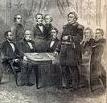
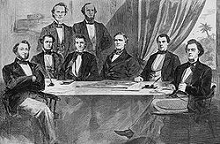














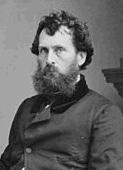
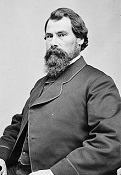
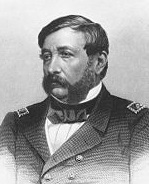






























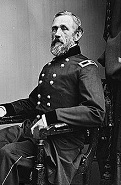










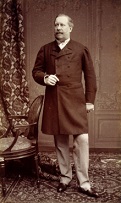































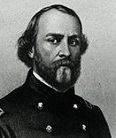




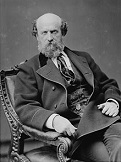






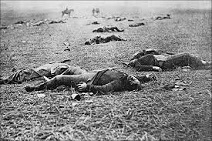
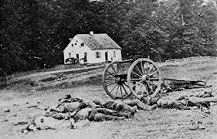
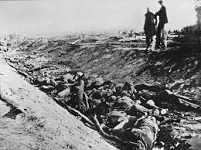




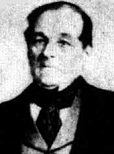

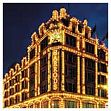





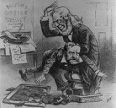








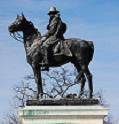











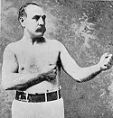


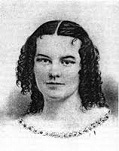


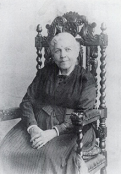












































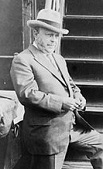

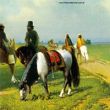

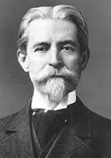
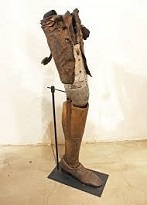

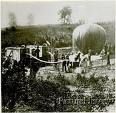
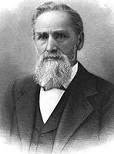


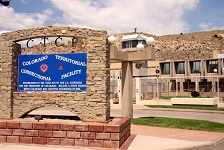

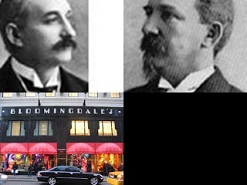
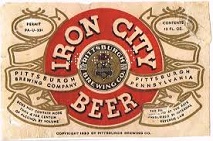
1861 The slave biz in the Am. South is worth $3.5B, the biggest financial asset in the U.S., greater than factories, railroads, etc.; the U.S. Civil War causes women to enter the nursing prof.; so many POWs are taken in the Civil War that they resort to a parole system. The U.S. Civil War causes the pop. of Washington, D.C. to zoom from 60K to 120K, incl. thousands of freed slaves, causing Congress to launch a major building program after the war. On Jan. 1 after defeating conservatives in military engagements last year, Benito Juarez enters Mexico City, then on June 15 is elected by Congress as pres. of the Mexican Repub. for a 6-year term, becoming the first (only?) full-blooded Indio pres.; in July after seeing how the conservatives have emptied the nat. treasury, he announces a 2-year moratorium on all debt payments, adding to the ethnic Spanish-dominated Congress' distrust of him; on Oct. 13 the Convention of London is signed by Britain, France and Spain to force the new Mexican govt. to fulfill the previous regime's obligations, and in Dec. all three land troops in Vera Cruz, ignoring the U.S. Monroe Doctrine because they know it can't be enforced during the U.S. Civil War, and Juarez caves in, reaching a settlement with the British and Spanish, causing them to withdraw, while the French remain, continuing after Juarez with designs of a new Am. empire? Let's start some quick fire? On Jan. 2 Peace Dem. Thomas Francis Bayard (1828-98) of Wilmington, Del. gives a speech with the soundbyte: "With this secession, or revolution, or rebellion or whatever name it may be called, the State of Delaware has naught to do. To our constitutional duties toward each and every member of the Union we have been faithful in all times"; on Dec. 3 Delaware votes not to secede from the U.S. On Jan. 2 reactionary king (since 1840) Frederick William IV (b. 1795) dies after a 20-year reign and 2.5 years of paralysis and insanity, and his 63-y.-o. brother Prince William becomes king Wilhelm (William) I (1797-1888) of Prussia; rising costs for the military cause him to ask for and receive a 7.3M taler grant from the Landtag, which pisses-off the Liberals, causing Maximilian "Max" Franz August von Forckenbeck (1821-92) et al. to form the minority Progressive Party (Fortschrittspartei), which calls for military reductions as well as German unification. On Jan. 3 as Pres. Buchanan plays ostrich in a vain attempt to avert war, Ga. seizes Ft. Pulaski. On Jan. 4 slave state Ala. seizes the Mount Vernon Federal Arsenal, followed by Ft. Morgan and Ft. Gaines on Jan. 5. On Jan. 5 200 U.S. Army reinforcements led by Lt. (later gen.) Charles Robert Woods (1827-85) leave Governors Island in New York City aboard steamer SS Star of the West, escorted by USS Brooklyn, and arrive in Charleston Harbor on Jan. 8. On Jan. 6 Fla. seizes Apalachicola Arsenal, followed by Ft. Marion in St. Augustine on Jan. 7; an attempt to seize Ft. Barrancas near Pensacola is thwarted on Jan. 8. On Jan. 9 (Wed.) (dawn) the SS Star of the West is fired on as it approaches within 1.75 mi. of Ft. Sumter by S.C. Citadel cadet George E. Haynsworth, becoming the first shot of the U.S. Civil War, after which the artillery bombardment causes them to turn around and head back to New York City, arriving on Jan. 12; the news is purposely delayed in an attempt to avert war fever, and Pres. Buchanan takes no further action to save the fort - I'm pretending mine's a meatball cheeseburger? On Jan. 9 news of the firing on Ft. Sumter cause prices on the New York Stock Board and Exchange to begin dropping, sparking a business downturn which bankrupts scores of New York City firms, throwing thousands out of work and giving employers an excuse to cut wages from an avg. of $1.25 to 85 cents a day. On Jan. 9 slave state Miss. secedes (#2), causing U.S. Sen. Jefferson Davis to resign and return to Miss., receiving a commission as Confed. maj. gen. on Jan. 13, with the soundbytes "I worked night and day for 12 years to prevent the war, but I could not. The North was mad and blind, would not let us govern ourselves, and so the war came", "[Our situation] illustrates the American idea that governments rest on the consent of the governed, and that it is the right of the people to alter or abolish them whenever they become destructive of the ends for which they were established", "All we ask is to be let alone", and "If the Confederacy fails, there should be written on its tombstone: Died of a Theory". On Jan. 10 slave state Fla. secedes (#3). On Jan. 10 slave state La. seizes the federal arsenal at Baton Rouge, along with Ft. Jackson and Ft. St. Philip - oh, I don't have a gun? On Jan. 11 slave state Ala. secedes (#4); Ala. state sen. William Lowndes Yancey writes the Ala. ordinance of secession, and before the war starts Jefferson Davis sends him to Paris and London in an unsuccessful attempt to obtain diplomatic recognition for the Confederacy; Ala. state convention delegate John Tyler Morgan (1824-1907) goes on to become a Confed. Brig. Gen. in 1863; Ala. troops begin to be called Yellowhammers after some of them wear bits of yellow cloth on their upper bodies; Tenn. troops are called Butternuts for their tan uniforms. On Jan. 11 La. seizes the U.S. Marine Hospital in New Orleans, followed by Ft. Pike on Jan. 14. On Jan. 18 slave state Ga. secedes (#5) by a close vote - Georgia belle Scarlett O'Hara loses her beloved Ashley Wilkes to the war, with older but wiser Rhett Butler waiting in the wing chair? On Jan. 18 Pony Express co-founder William Hepburn Russell testifies before a House select committee investigating last year's misappropriation of Indian Trust Fund money and protests his innocence, but is indicted on Jan. 30 along with former U.S. war secy. John B. Floyd and Godard Bailey; the indictment is dismissed in Mar.; Floyd, who opposed secession goes on to raise a brigade of Va. volunteers after the war begins. On Jan. 18 after recovering from a bullet wound in the chest and agreeing to talk peace, Mangas Coloradas is betrayed at Fort McLane in SW N.M. by Union Brig. Gen. Joseph Rodman West (1822-98), who orders him tortured and murdered by his soldiers, who boil his head and send it to New York City phrenologist Orson Squire Fowler, pissing-off the Apaches and causing their war to continue almost 25 years (until 1886). On Jan. 21 Jefferson Davis of Miss. (married to the daughter of ex-pres. Zachary Taylor) chivalrously resigns from the U.S. Senate along with four other Southerners, but N.C.-born sen. Andrew Johnson (D-Tenn.) remains, opposing secession and winning kudos from Lincoln, causing his political star to rise. On Jan. 23 Robert E. Lee writes a Letter to His Son Custis, with the soundbyte "If the Union is dissolved, and the Government disrupted, I shall return to my native State and share the miseries of my people; and save in defense will draw my sword on none." Now that the Yankees are chewing each other up, Britain and France can get together to horn in on Mexico? On Jan. 23 the Cobden-Chevalier Treaty between Britain and France, drafted by French statesman Michel Chevalier (1806-79) and Radical MP Richard Cobden (1804-65) of Britain establishes free trade and lowers or eliminates duties. On Jan. 26 slave state La. secedes (#6) (another close vote). On Jan. 27 the Bascom Affair begins when some Tonto and Coyotero Apaches raid the ranch of John Warn at Sonoita Creek, stealing cattle and kidnapping his 12-y.-o. stepson Felix Ward, after which some infantry led by Lt. George Nicholas Bascom leave Fort Buchanan, Ariz. in search of him, leading them to the Chiricahua Apaches; on Feb. 3 he lures Cochise into a meeting where he ambushes him and his family, capturing and imprisoning them in a tent, but Cochise cuts a hole in the wall and escapes, and on Feb. 6 leads a large war party to attack some Am. and Mexican teamsters, torturing and killing nine Mexicans and taking three Ams. hostage, but when Bascom refuses to exchange them for his family he attacks him on Feb. 7 while they are fetching water, fleeing to Sonora, Mexico and leving the corpses of the tortured Am. hostages behind; on Feb. 19 Lt. Isaiah Moore hangs Cochise's brother and nephews, pissing-off Cochise, who drops his war with the Mexicans and begins targeting the U.S., launching the 25-year Apache Wars (ends 1886); Felix Ward is brought up by the Coyotero Apaches and later becomes a U.S. Army Apache scout named Mickey Free. On Jan. 28 the Tennessee Resolutions in favor of the Crittenden Compromise are offered in Congress. On Jan. 29 "Sunflower State", "Jayhawk State" Kansas (Kan.) is admitted as the 34th U.S. (free) state; the geographic center of the continental U.S. is 5 mi. W of Lebanon, Kan.; the first capital is Topeka; on Feb. 9 Charles Lawrence Robinson (1818-94) becomes gov. #1 of Kansas (until Jan. 12, 1863), becoming the first gov. of a U.S. state to be impeached - just as the big fight's about to start? On Jan. 31 a secession convention meets in Austin, Tex., and selects members for the Provisional Confed. Congress. In Jan. 2nd term Tammany Hall Dem. New York City mayor (1860-2) Fernando Wood (1812-81) leads the pro-Confed. Copperheads, asking the city council to declare New York City a free city to allow it to continue its cotton trade with the Confeds., and when they deride him he splits with Tammany Hall to form his own Mozart Hall political machine. The last white pipe dream in America? On Feb. 4 the Provisional Congress of the Confederate States of America (Congress of Montgomery) of the seven seceded states (S.C., Miss., Fla., Ala., Ga., La., Tex.) meets in Montgomery, Ala. (until Feb. 17, 1862), and on Feb. 7 the provisional Constitution of the Confederate States of America is adopted, with Montgomery as the first capital; on Feb. 9 Transylvania U. and West Point grad., U.S.-Mexican War hero, secy. of war (under Pierce) and planter (D-Miss.) Jefferson Finis Davis (1808-89) is elected by six states as provisional pres. of the CSA, with Alexander Hamilton "Little Elick" Stephens (1812-83) of Ga. as vice-pres.; Davis receives the good news while working in his rose garden (ouch, thorns?); (Thomas) Howell Cobb (1815-68) is Confed. Congress speaker, serving as de facto pres. for two weeks until Davis can take office; former U.S. pres. Franklin Pierce writes Davis a letter of support, causing Northerners to label him a traitor; on Mar. 4 the first Confederate flag, the Stars and Bars is adopted; on Mar. 11 the Confederate States of Am. Constitution is adopted (all y'all need to add is nothin'?); on Feb. 25 West Indies-born Sephardic Jewish atty. (U.S. Sen. from La. since 1852) Judah Philip Benjamin (1811-84) resigns to become atty. gen., followed by secy. of war in Sept. (until Mar. 1862) (a Jewish mole to insure that the Confederacy self-destructs, or no big deal since the ancient Jews had slaves?); the first issue of $1M in treasury notes is followed by another $20M in May, and another $100M in Aug; by the end of the war they run the printing presses to churn out over $1B in funny money, causing flour to sell for $425 a barrel. On Feb. 4 U.S. gen.-in-chief Winfield Scott relieves Lt. Col. Robert E. Lee as cmdr. of federal forces in Tex. and stations him in Washington, D.C. to take command of the forces guarding the capital. On Feb. 4-6 the Peace Conference of 1861 called by the Va. legislature meets in the Willard Hotel in Washington, D.C., presided over by former U.S. pres. John Tyler and attended by 21 states. On Feb. 8 Arkansas seizes the federal arsenal at Little Rock, followed on Feb. 12 by the federal ordnance stores at Napoleon. On Feb. 11 the U.S. House of Reps. unanimously passes a resolution guaranteeing non-interference with slavery in any state. On Feb. 11 during a heavy rainstorm amid an umbrella-toting crowd of well-wishers, beard-growing pres.-elect Abraham Lincoln and his wife Mary Todd Lincoln ("Her Satanic Majesty") (whose family is on the Confed. side in the war, and who doesn't want Abe to know how much she splurged in New York City on clothes, or that she accepted lavish gifts of clothes and jewelry, and later freaks at the 1864 election because her hubby's defeat would cause the bills to become due?) departs from Springfield, Ill. on a 12-day Train Trip to Washington, D.C., with the soundbyte that he has "a task greater than Washington", leaving family dog Fido (Tad's pet) behind, keeping silent to reporters on the train, then stopping in Philly on Feb. 22 to give a Speech in Independence Hall, with the soundbyte: "It was that which gave promise, that in due time the weight should be lifted from the shoulders of all men, and all men have an equal chance. If this country cannot be saved without giving up this principle, I would rather be assassinated on this spot than to surrender"; his son Robert Todd Lincoln (future pres. of the Pullman Railroad) spends him time with the train engineers and misplaces the speech, causing fuming Lincoln to have to find it; on Feb. 23 (6 a.m.) after an assassination plot in Baltimore is claimed by detective Allan Pinkerton, he switches trains and arrives in Washington, D.C. secretly on a sleeper car disguised as a capped-cloaked invalid, and is greeted only by Maine-born U.S. Rep. (R-Ill.) (1853-69) Elihu Benjamin Washburne (1816-87), one of the seven Washburne brothers who founded the Repub. Party, after which he slips into Willard Hotel through the ladies' entrance, where he holds meetings in the lobby and conducts business from his room; after the newspapers find about his manner of entry they lampoon him as a coward, making him ashamed of it, and reinforcing his cabinet's low view of his abilities; this set him up to be careless about security and bring on his own assassination? The first Spaghetti Western in Italy, or, Garibaldi has a way with b-a-l-o-g-n-a? On Feb. 13 King Francis II of the Two Sicilies (Naples) surrenders to King Victor Emmanuel II at Gaeta on the WC coast, then abdicates and goes into exile in Rome; Piedmont begins forming a kingdom of Italy. On Feb. 18 Jefferson Finis Davis (1808-89) is sworn-in as the first and only pres. of the brand-spanking new chivalrous white woman-worshiping Confederate States of America (CSA) in Montgomery, Ala. (ends May 5, 1865); boyish sickly 96-lb. Ga.-born Dem. orator ("the Strongest Man in the South") Alexander Hamilton "Little Elick" Stephens (1812-83) becomes its first and last vice-pres.; they are both elected for 6-year terms; "Dixie" is played at the inauguration, pissing-off black New Yorker composer Daniel Decatur "Dan" Emmett (1815-1904). On Feb. 18 Treaty of Ft. Wise (later Ft. Lyons) in SE Colo. between the U.S. govt. and six Southern Cheyenne and fur Southern Arapaho Indian chiefs settles the Indian tribes in SE Colo. near Sand Creek 100 mi. SE of Denver near the Colo.-Kan. border. On Feb. 25 a 5K-man French army relieves a blockade of Saigon and gains control of the area after defeating 20K Annamese regulars led by Gen. Nguyen Tri Phuong (1800-73), who had kept 900 French and Spanish troops pinned down; on Nov. 29 former gov. of French Guiana Adm. Louis Adolphe Bonard (1805-67) is given command of French forces in Vietnam, and in Dec. he captures the province of Bien Hoa, decisively defeating Gen. Phuong. On Feb. 27 the Warsaw Massacre sees Russian troops fire at demonstrators protesting Russian rule. On Feb. 27 the U.S. Congress authorizes the first stamped newspaper wrappers for mailing. On Feb. 28 the South-free U.S. Congress, itchy to get its hands on gold and other mineral resources creates the Colorado Territory (until Aug. 1, 1876), followed on Mar. 2 by the Dakota Territory (until Nov. 2, 1889), and the Nevada Territory (until Oct. 31, 1864); Colorado was originally to be called Idaho, a word suggested in 1860 by lobbyist George M. Willing who claims it was an Indian word meaning "gem of the mountains", but is discovered to be a hoax just in time (the original Hugo Weaving as Agent Smith?); Carson City, named by founder Abraham Curry after aging Kit Carson beats out the more populous Virginia City to remain the capital of silver-rich Nevada; meanwhile engineer Philip Deidesheimer (1832-1916) comes up with a better idea to stop silver mine cave-ins in Nev., the Square-Set Method of timbering, based on the honeycomb, beginning in the Ophir mine - the Cartwright boys are wowed? On Mar. 2 the Crittendon Compromise is narrowly rejected by the U.S. Senate on Mar. 2 after the radicals rattle their sabers; early on Mar. 4 (inauguration day) the Corwin Amendment (which is actively supported by Lincoln, who instructs N.Y. Sen. William Seward to push it through the Senate), guaranteeing slavery where it already exists passes the Senate 24-12, having already passed the House on Mar. 2; Lincoln endorses it in his first inaugural address, and sends letters to each state gov. transmitting the amendment for ratification, noting that Pres. Buchanan also endorses it; it is never ratified by the states because of the disruption caused by the war, but if it had been it would have been the Thirteenth Amendment instead of the anti-slavery one of 1865 - you mean the CSA coulda won without firing a shot? On Mar. 2 taking advantage of the exodus of Southerners, the U.S. Congress passes the first of three Morrill Acts as a replacement of the Tariff of 1857 to boost tariff rates to an avg. of 47%; duties on tea, coffee, and sugar are subsequently increased as a war measure; the U.S. keeps trade protection until the 1913 Underwood Tariff. The Russian tsar beats Abe Lincoln in emancipating his slaves by one day plus plus? On Mar. 3 after years of haggling with his nobles, Tsar Alexander II's Act of Emancipation completes the emancipation of 20M Russian serfs begun in 1858, effective Mar. 5, with the soundbyte "I should rather liberate them from the top than wait until they liberate themselves from the bottom"; too bad, he institutes lame reforms, allotting land to village communes (mirs), and making them make 49 years of "redemption" payments, resulting in each former serf only getting half of the land he used to cultivate, and forever unable to raise enough food to afford the payments; one-third have no horses, and another third have only one horse; most still use wooden plows, harvest crops with sickles or scythes, and thresh with hand flails. On Mar. 4 (Mon.) 6'4" (tallest pres.) Ky.-born (from Ill.), AKA "Honest Abe", "the Rail-Splitter", "the Flatboatman", "the Sage of Springfield", "the Uncommon Friend of the Common Man", "the Great Emancipator", "the Abolition Emperor", "the Liberator", "King Linkum the First" (for his habit of locking political opponents up), "the Illinois Ape", "the Original Gorilla", "the Orangutan in the White House" (from his uncouth looks and behavior), "the Slave Hound from Illinois" (given him by William Lloyd Garrison, who calls him soft on slavery), "Father Abraham", "Uncle Abe", "the Ancient One" (for his ancient wisdom), "the Sectional President", "the Tycoon" (for his fast buildup of the Civil War admin.) Abraham Lincoln (1809-65) becomes the 16th U.S. pres (until 1865) in the 21st U.S. Pres. Inauguration in Washington, D.C. (featuring uniformed sharpshooters on every rooftop, incl. the unfinished U.S. Capitol Dome), becoming the first pres. born outside the original 13 colonies, and the first to own a cat (Hayes, McKinley, Wilson, JFK) (favorite song "Jimmy Crack Corn"?); Hannibal Hamlin (1809-91) becomes the 15th U.S. vice-pres.; this year and next the U.S. has six living presidents (Van Buren, Tyler, Fillmore, Pierce, Buchanan, Lincoln, plus rebel pres. Davis) (only Lincoln is of the new Repub. Party); at the inauguration a guest steals silver and furnishings; Very Odd First Lady Mary Todd Lincoln (1818-82) likes to be called "Mrs. President Lincoln", and buys 300 pairs of gloves in a 4-mo. period; Lincoln's First Inaugural Speech contains many suggestions by William H. Seward, promising to hold onto Union possessions in the South, and characterized by a belief that the Confederacy will dissolve somehow on its own when the Southerners come to their senses, because the U.S. can become the greatest nation on Earth if it stays together; "This country, with its institutions, belongs to the people who inhabit it. Whenever they shall grow weary of the existing government they can exercise their constitutional right of amending it, or their revolutionary right to dismember it or overthrow it... I hold that... the Union of these states is perpetual... In your hands, my dissatisfied fellow countrymen, and not in mine, is the momentous issue of Civil War... We are not enemies, but friends. We must not be enemies. Though passion may have strained it must not break our bonds of affection. The mystic chords of memory stretching from every battlefield and patriot grave... will yet swell the chorus of the Union, when again touched, as surely they will be, by the better angels of our nature"; as Lincoln speaks, a Confederate flag is hoisted in Charleston, S.C. by a cheering crowd; at first Washington, D.C. is almost defenseless, with an armed guard of civilians guarding the White House, while Lincoln mumbles "Why don't they come?"; Buchanan retires to his Penn. home despondent over seven states already gone from the Union; Lincoln's cabinet: William Henry Seward Sr. (1801-72) (beardless) (state) (until Mar. 4, 1869), Ohio Sen. Salmon Portland Chase (1808-73) (beardless) (treasury) (until June 30, 1864), Simon Cameron (1799-1889) (beardless) (war) (until Jan. 14, 1862), Gideon Welles (1802-78) (bearded) (Navy) (until Mar. 4, 1869), Caleb Blood Smith (1808-64) (beardless) (interior) (until Dec. 31, 1862), St. Louis, Mo. judge Edward Bates (1793-1869) (bearded) (atty. gen.) (until Nov. 24, 1864), Montgomery Blair (1813-83) (beardless) (postmaster gen.) (until Sept. 24, 1864); big men Seward and Chase find it hard to accept Lincoln as pres., Seward saying "I, who by every right ought to have been chosen President, what am I now? Nothing but Abe Lincoln's little clerk!"; as soon as 11 Southern Senators are expelled from Congress, the Repubs. fulfill their campaign promises by passing a new higher tariff for the protection of Northern industry, followed next year by a homesteading act to please Westerners; secy. of war Simon Cameron immediately begins advocating the arming of fugitive slaves, but Lincoln nixes it; in Mar. Frederick Douglass pub. a Critique of Lincoln's Inaugural Address, complaining about Lincoln's decision to not interfere with the institution of slavery in the South, comparing the way he snuck into Washington D.C. with fugitive slaves, and calling Lincoln's acknowledgment of the South's "right of property" in slaves "weakness... and conciliation towards the tyrants and traitors"; Mary Todd Lincoln lavishly redecorates the White House, overspending her $20K Congressional appropriation by $10K, then engaging in budget fraud to keep her hubby from knowing about it, after which the Congress buries the difference in next year's appropriations bill. On Mar. 4 slave state Tex. secedes (#7) after 104 of 122 counties vote for it,; on Mar. 16 Gov. Sam Houston refuses to swear allegiance to the CSA and is deposed as he allegedly sits in the basement of the state capitol silently whittling on a stick while the convention above loudly calls him to renounce the Union. On Mar. 4 the U.S. Army has 13,024 officers and men. On Mar. 4 the U.S. Govt. Printing Office is founded in Washington, D.C. via a Congressional resolution of June 23, 1860, starting out with 350 employees and growing to 8.5K in 1972 before decreasing to 1.92K in 2019; on Dec. 17, 2014 the name changes to U.S. Govt. Pub. Office. On Mar. 4 Pres. John Quincy Adams' son Charles Francis Adams Sr. (1807-86) (U.S. Mass. Rep. since Mar. 4, 1859) becomes U.S. ambassador to the U.K. (until May 13, 1868), writing the soundbyte in a letter to secy. of state William H. Seward: "That Great Britain did, in the most terrible moment of our domestic trial in struggling with a monstrous social evil she had earnestly professed to abhor, coldly and at once assume our inability to master it, and then become the only foreign nation steadily contributing in every indirect way possible to verify its judgment, will probably be the verdict made against her by posterity, on calm comparison of the evidence"; N.Y.-born John Bigelow (1817-1911) becomes U.S. consul in Paris, rising to U.S. ambassador to France in 1865, working with Adams to block France and Britain from intervening in the U.S. Civil War on the Confed. side. On Mar. 5 (first day in office) Pres. Lincoln receives a letter from Ft. Sumter telling how the troops are starving. On Mar. 6 the Confed. Congress requires all volunteers for the mounted service to furnish their own horses, and promises them 40 cents a day for upkeep - come to the good feet store? On Mar. 10 slave trade-hating Islamic scholar El Hadj Umar Tall (1797-1864) seizes the city of Segou, destroying the animist Bambara Empire of Mali, then takes Muslim-run Hamdullahi on Mar. 16 after three battles killing 70K, and sets up an empire in Mali, Guinea, and Senegal (ends 1890). On Mar. 16 Arizona Territory secedes; meanwhile gold is discovered in the N sector near modern-day Prescott, where mountain men Capt. Joseph R. Walker (1798-1876) and Paulino (Pauline) Weaver (1797-1867) blaze the trail and have mining districts named for them; former Calif. miner King Samuel Woolsey (1832-79) founds the Agua Caliente Ranch in S Ariz. 80 mi. from Yuma, gains fame when he stops an Apache attack with a shotgun and kills the leader, then hangs him on a mesquite tree, as reported by Irish-born John Ross Browne (1817-75) in Harper's Monthly, decides to join the Confed. Army, gets sick, and turns to selling supplies to the Union Army, getting rich; in 1863 he founds Agua Fria Ranch (14 mi. E of Prescott), and builds the first ranch house in N Ariz. On Mar. 17 the Dominican Repub. under pres. (since 1958) Pedro Santana is annexed as a province by Spain to protect it against Haitian attacks (ends 1865). The U.S. splits apart, while Italy comes together? On Mar. 17 the parliament of greater Sardinia in Turin proclaims the unified Kingdom of Italy, incl. Lombardy, Parma, Piedmont, Modena, Lucca, Romagna, Tuscany, and the Two Sicilies, and the Statuto of 1848 is extended to all of Italy, with Victor Emmanuel II (1820-78), head of the Piedmont House of Savoy declared "by the grace of God and the will of the nation, King of Italy"; too bad, he refuses to take the title of Victor Emmanuel I of Italy, pissing some off; on Mar. 20 Civitella del Tronto surrenders, and the Kingdom of the Two Sicilies is kaput; Austria still holds Venetia (until 1866), and France holds Rome (until 1870); the Treaty of Turin cedes Nice and Savoy to France; on June 7 PM (since 1852) Count Camillo di Cavour (b. 1810) dies in Turin 3 mo. after the declaration of a united kingdom of Italy; meanwhile Pope Pius IX sees red, goes into mother bear instinct mode, refuses to recognize the new secular state, excommunicates its officials, and orders all Roman Catholics to shun participation; meanwhile, after 18 cents. of close-captioned Catholic leadership, 74.7% of the Italian pop. is illiterate, so the new govt. limits the franchise to 600K middle and upper class males out of a total pop. of 20M, and lack of experience with democracy makes it ripe for bribery and graft? - I have a strict dental plan, it's called avoidance? On Mar. 19 the Second Maori (First Taranaki) War (begun 1860) ends after the British Colonial Office sends former New Zealand gov. (Cape Colony gov. since 1854) Sir George Grey (1812-98) back to Auckland for a 2nd term because of his success at resolving native-settler disputes; after becoming convinced that the Maoris are going to attack Auckland, he gathers a force of British and colonial troops, then corners Wiremu Kingi in Waikato, where rival Maoris help defeat him, after which in 1863 Grey renounces the original dubious land purchase that started it all. On Mar. 20 an earthquake completely destroys Mendoza, Argentina in W Argentina. On Mar. 21 CSA vice-pres. Alexander Stephens delivers his Cornerstone Speech in Savannah, Ga., saying that the U.S. was created on the false idea that all men are created equal, whereas the CSA "is founded upon exactly the opposite idea: its foundations are laid, its cornerstone rests, upon the great truth that the negro is not equal to the white man; that slavery, subordination to the superior race, is his natural and moral condition. This, our new government, is the first in the history of the world based on this great physical, philosophical, and moral truth" - they lost the minds and hearts of smart people right there? This noise is unacceptable, or, Ay, Oy, let's go? The War Across Five Aprils starts when something small gets blown out of proportion in a high-strung environment? The first 100 days of the U.S. Civil War are a mixture of cocksureness and uncertainty? On Apr. 6 after rejecting Gen. Winfield Scott's recommendation to give up pesky undermanned (less than 100 men) Ft. Sumter because it would take 20K troops and a whole fleet to reinforce it, and would start a bloody war that would destroy the U.S. after driving four more states out of the Union, and rejecting secy. of state Seward's plan to evacuate it while he leaks news of it to the press along with assertions to the Confeds. that he will soon be in charge of foreign policy, and all but two cabinet members recommending surrender on Mar. 16, Pres. Lincoln informs S.C. Gov. Francis Wilkinson Pickens (1805-69) that a naval expedition is being to sent to reprovision the hungry garrison, with Lincoln uttering the soundbye that if the rebels fire on ships carrying food to hungry men, they will take all the blame for the war, forcing the Confeds. to fire the first shot and become the aggressors to have their bloody war, leaving the Union the moral high ground; on Apr. 11 after being sanctioned by Gov. Pickens, the Confederates under La. Creole Gen. Pierre Gustave Toutant Beauregard (1818-93) (former supt. of West Point, who had been Robert Anderson's student there) demand surrender, and then fire at 4:30 a.m. on Apr. 12 (Fri.) (not Friday the 13th?) from Ft. Johnson on James Island, followed by crossfire from Sullivan's Island (long-time final destination for African slaves surviving the Middle Passage) and Morris Island; white-haired Va. planter and pro-slavery fire-eating agitator Edmund Ruffin (1794-1865) dresses in a Palmetto Guard uniform and is given the honor of firing the first shell; artillery Capt. (West Point grad.) Abner Doubleday (1819-93) (alleged inventor of baseball) fires the first Union shot, and is later promoted to gen. (batter up?); on Apr. 13 after 30 hours, with his ammo exhausted, Maj. Robert Anderson agrees to surrender, lowering its flag on Apr. 14 (Sun.); 3K+ shells hit Ft. Sumter, and there are no fatalities until two Union soldiers are killed in an explosion during a final 100-gun salute to the colors; the first Union soldier killed is Pvt. Theodore Winthrop (b. 1828), whose ms. for a novel is pub. and becomes a bestseller; the 2nd is Union pvt. Daniel Hough; on May 15 big hero Anderson is promoted to brig. gen., participating in the largest public gathering in North Am. to date, a patriotic rally in New York City, after which he goes on a recruiting tour then becomes cmdr. of border state Ky. until retirement on Oct. 6, being replaced by William Tecumseh Sherman; after the Confeds take Ft. Sumter they pad it with bales of cotton; the U.S. (Am.) Civil War begins (ends May 9, 1865), which the Confeds. prefer to call the War Between the States, the War of Northern Aggression, or something even more unbiased; it ends up causing 10.5K battles in 33 U.S. states, of which 384 are considered major; at the start, Southerners owe Northerners $300M; Southerners who sympathize with the Union cause become known as "Scalawags" (useless farm animals); in Apr. the 10-y.-o. New York Times begins pub. Sunday eds. to capitalize on interest in the Civil War; Lincoln can see rebel flags flying over Alexandria, Va. across the Potomac from Washington, D.C.; British public opinion on the war is divided, with the aristocracy pro-South, and the working class pro-North despite the loss of Southern cotton throwing thousands of cotton factory workers out of work - regular or quilted brand? On Apr. 8 civil and political rights are granted to Protestants in Austria; on Apr. 29 a rump Reichstrat convenes, boycotted by the Magyars, Croatians, and Italians (until 1865); the Hungarian Parliament calls for it to recognize the Hungary constitution of 1848. On Apr. 12 Jefferson Davis objects to a proposed bill to appropriate funds for education of blacks in Washington, D.C., with the soundbytes: "This government was not founded by negroes nor for negroes, but by white men for white men"; "When Cain, for the commission of the first great crime, was driven from the face of Adam, no longer the fit associate of those [Whites] who were created to exercise dominion over the earth, he found in the land of Nod those [Blacks] to whom his crime had degraded him to an equality"; "[Racial inquality] is the will of God [as] marked in decree and prophecy" [and as] confirmed by history." "The inequality of the white and black races was stamped from the beginning" of the Am. republic. On Apr. 14-15 Lincoln, having only a 13K-man regular army strung across the continent vs. at least that many Confed. volunteers calls for 75K Union volunteers for 90-day service under a 1795 act of Congress stating that militia can be called by the pres. "to repossess the forts, places and property which have been seized from the Union", but that the term of service cannot extend beyond 30 days after the next meeting of Congress; Lincoln declares that the insurrection is "too powerful to be suppressed by the ordinary course of judicial proceedings"; this call looks like coercion to four Southern border states (Va., Ark., N.C., Tenn.), who quickly secede, bringing the total to 11, with four slave states (Del., Ky., Md., Miss.) (all but Del. having strong Southern sympathies) remaining in the ungluing Union; ex-pres. John Tyler is a delegate at the Va. secession convention; N.C. ends up supplying the most troops of any Confed. state; the Union promotes a number of fossilized captains and colonels to Peter Principle gens., and in the first weeks several Union soldiers desert for the other side. On Apr. 17 slave state Va. secretly secedes (#8), causing rumors of an impending attack on Washington, D.C., causing the 50-man Kansas Frontier Guards, organized by U.S. Kan. Sen. James H. "Jim" Lane to be stationed in the East Room of the White House on the eve. of Apr. 18, only to be dismissed on Apr. 19 as fresh Union troops arrive, assigned to guard various positions in the city until Pres. Lincoln officially disbands them in a ceremony on Apr. 25. On Apr. 17 Pres. Lincoln asks Repub. Party co-founder Francis Preston Blair Sr. (1791-1876) (who initially backed Edward Bates at the 1860 Repub. Pres. Convention then backed him) to offer Col. Robert E. Lee command of the Union Army, causing Lee to visit Blair on Apr. 18 in Lafayette Square across from the White House, declining with the soundbyte: "Mr. Blair, I look upon secession as anarchy. If I owned the four millions of slaves at the South, I would sacrifice them all to the Union, but how can I draw my sword upon Virginia, my native State?"; in 1862 Blair frees his slaves, but all but one refuse to go. On Apr. 19 the Confederates occupy Harper's Ferry, Va., while John Brown's body turns over in its grave? All Hail Caesar? The original Executive Orders, by Roger Taney? On Apr. 19 the Baltimore Riot in Md. kills both federal troops and civilians, becoming the scene of the first casualties of the war, causing Pres. Lincoln on Apr. 27 to order Gen. Winfield Scott to suspend the writ of habeas corpus in Md. in violation of the U.S. Constitution, Art. 1 Sec. 9. On Apr. 25 the 7th N.Y. "Silk Stocking" Regiment AKA the Blue-Bloods (known for signing-up New York City social elite) becomes the first Union unit to reach Washington, D.C. to defend it. On Apr. 27 West Virginia (W. Va.) (AKA Kanawha) secedes from Va. after delegates of 40 western counties meeting in Wheeling, provisional capital of the pro-Union Restored Govt. of Va. (founded 1861) decide to bug out of the Confederacy, becoming the only U.S. state formed as a political consequence of the U.S. Civil War; Wheeling becomes the capital until 1865, followed by Charleston. On Apr. 29 the Md. House of Delegates votes against secession, even though it is a slave-holding state - the South lost the war right there? First Blood, Eye of the Tiger, or, Welcome to Low's, May I Help You? The Devil needs a spark to set off the tinderbox, and he finds a Hell's worth of them? On Apr. 29 the Fire Zouaves (11th Regiment, N.Y. Volunteers), composed of 1K firefighters with no military training leaves New York City for Annapolis aboard the steamship Baltic; Elmer Ephraim Ellsworth (1837-61) (family friend of the Lincolns) resigned as a 2nd Lt. in the U.S. Army after the Apr. 12 firing on Ft. Sumer to return and organize them, and is elected col., then raises $60K to arm them with Sharp's rifles and 16-in. bayonets, and outfit them in chic Zouave gray unforms with red shirts and fezzes; too bad, on May 24 Ellsworth spots a Confederate flag flying from a 3-story hotel in Alexandria, Va., dashes in with seven others to pull it down, and is shot dead by secessionist hotel proprietor James W. Jackson, becoming the first Union official KIA in the U.S. Civil War; Union Sgt. Francis E. Brownell (1840-94) then shoots and kills Jackson with his Model 1855 Percussion Rifle, earning the nickname "Ellsworth's Avenger", and Pres. Lincoln later his promotion papers; Big Hero Ellsworth's body lies in state in the East Room of the White House on May 25, is taken to New York City by special train on May 26 and viewed by 10K at City Hall, then taken to the state capitol in Albany and displayed before being taken to Mechanicsville for burial; the name Ellsworth becomes popular for naming Union streets and towns, and in 1877 he is awarded a Medal of Honor for first blood of the war; pressure is put on Lincoln to avenge Ellsworth's death by taking Richmond, leading to First Bull Run in July. In Apr. at the time of Ft. Sumter the U.S. Navy has only 28 steam-powered ships, and steam ship expert Benjamin Franklin Isherwood (1822-1915) is appointed engineer in chief, going on to oversee construction of a fleet of 600 you know whats by 1864; meanwhile all but three of the officers at the Washington Navy Yard (cannon expert John Dahlgren and two others) resign at the outbreak of hostilities due to Confederate sympathies, along with the first supt. of the U.S. Naval Observatory (since 1842) Matthew Fontaine Maury (1806-73), who goes on to supervise costal defenses for the Confeds. and perfect an electric torpedo (contact mine) that messes up Union shipping throughout the war; on May 9 New York City shipbuilder John Englis & Sons launch the Unadilla, becoming the first gunboat built for the U.S. Navy after the firing on Ft. Sumter. In Apr. a newspaper in Petersburg, Va. contains an article calling for "three cheers for the patriotic free Negroes of Lynchburg, saying that 70 had volunteered to defend Va. from the Yankees; 1.6K free blacks organize into 16 cos. to fight in Va. On May 6 slave state Ark. secedes (#9). On May 6 slave state Tenn. secedes (#10). On May 8 Richmond, Va. is named capital of the Confederate States of Am. On May 10 after new (since Jan. 3) Ky.-born Dem. Mo. gov. #15 Claiborne Fox Jackson (1806-62) (a Southern sympathizer pro-slavery Dem. who rejected Lincoln's Apr. 15 request for soldiers to fight the rebels, calling it "illegal, unconstitutional, revolutionary in its object, inhuman and diabolical") calls out the Mo. State Guard to engage in "training exercises" in St. Louis, planning on seizing the well-stocked federal armory (60K muskets plus balls and powder), Union Capt. Nathaniel Lyon (1818-61), in command of Co. D, 2nd U.S. Infantry, a busy beaver who dressed up as a woman to spy on them and learned their plans, organized his own fifth column of Wide Awakes (anti-slavery German immigrants) to beat him to it, then seized the arsenal on Apr. 26 and armed them, shipping the rest of the weapons to Ill., surprises and arrests the State Guard and marches them through St. Louis, causing the St. Louis Massacre (Camp Jackson Affair) on May 10 as Lyons' troops fire on an angry crowd, killing 28 and injuring 90; on May 11 pissed-off Mo. gov. Jackson organizes a new Mo. State Guard to resist a Union invasion of Mo., causing Union Army Dept. of the West cmdr. Gen. William Selby Harney (1800-89) on May 21 to fold and sign the Price-Harney Truce, acknowledging Mo.'s policy of armed neutrality; too bad, after Radical Repub. Capt. Nathaniel Lyon tips off Lincoln, on May 30 he replaces whimp Harney with man's man Lyon, promoting him to brig. gen. - a good Western man loves his steak and potatoes? On May 13 British Queen Victoria issues a "proclamation of neutrality" which recognizes rebel states as having belligerent rights. On May 13 Comet C/1861 J1, AKA the Great Comet of 1861 is discovered in Australia. On May 14 the 859g Canellas Meteorite falls near Barcelona, Spain. On May 20 Ky. proclaims its neutrality. On May 20 slave state N.C. secedes (#11). On May 24 after Robert E. Lee is offered command of the Army of Va. following a meeting in the yard of Christ Church, his town of Alexandria, Va. is occupied by Union forces and used as a supply depot; slaves use it to escape to the North; it becomes the longest-occupied city of the Civil War; on Apr.' 28 John Gross Barnard (1815-82) becomes chief engineer of the Dept. of Washington, overseeing fortifications on the Arlington hills, becoming chief engineer of the Army of the Potomoc on Aug. 20 (until Aug. 16, 1862) and receiving a promotion to brig. gen. from Pres. Lincoln on Sept. 23. On May 25 U.S. Army troops arrest secessionists John Merryman (1824-81) (later Md. state treasurer) et al. for suspected disloyalty for obeying orders from the gov. of Md. to prevent Penn. troops from reaching Baltimore to prevent the riots by burning railroad bridges and tearing down telegraph poles; after they are imprisoned in Ft. McHenry without charges, Merryman's attys. petition the federal circuit court at Baltimore for a writ of habeas corpus, and Southern-leaning Chief Justice Roger B. Taney travels to Baltimore and issues the writ on May 26, then, after the military refuses, issues a ruling on May 28 that only Congress has the right to suspend the writ of habeas corpus; pissed-off Lincoln then tells him to piss off, and pro-Repub. newspapers denounce Taney, while legal scholars are divided, not being eloquent enough to come up with the later soundbyte "the Constitution is not a suicide pact"?; on July 4 Lincoln addresses a special session of Congress defending his decision, asking: "Are all laws, but one, to go unexecuted, and the government itself go to pieces lest that one be violated?"; Taney fears his own arrest, but stands his guns, and Merryman is released after seven weeks confinement and indicted for treason, and his case never comes to trial because the feds know that no Md. jury will convict him; meanwhile Powermad Lincoln takes over Md., getting the mayor of Baltimore, chief of police, police commissioner, 31 members of the legislature, several congressmen, judges, and newspaper reporters held at Ft. McHenry without charges. On May 29 after being appointed by Pres. Lincoln as gov. #1 of Colo. Territory, Wilmington, Del.-born Quaker Repub. William Gilpin (1813-94) arrives in Denver, Colo. to cheering crowds, dealing with Confed. sympathizers, a possible Confed. invasion, and difficulties with the Arapaho and Cheyenne after U.S. Army troops withdraw to fight the war, forming the 1st Regiment Colo. Volunteers; too bad, he pays for it by issuing $375K in drafts on the U.S. Treasury without authorization, causing a recall movement to form in the summer, but the regiment later gains fame and the treasury eventually honors the drafts, but too late to prevent Gilpin being removed next Apr. in favor of John Evans. On May 29-June 1 the Battle of Aquia Creek sees Union gunboats exchange fire with Confed. shore batteries at the confluence of the Potomac River and Aquia Creek in Stafford County, Va., resulting in a push; on July 7 (Sun.) the Confeds. lay their first naval mines to protect their shore batteries, which are abandoned on Mar. 9, 1862 during the Union's Peninsula Campaign. In May after three slaves escape from the plantation of Charles Mallory to Ft. Monroe in E Va., and Mallory demands that they be returned as his property, Union Gen. Benjamin Franklin Butler (1818-93) (former Mass. state legislator) declares fugitive slaves turning up in his Army camp to be "contraband of war", and puts them to work on fortifications. In May the British foreign minister receives the first Confed. emissaries informally in London, who then go to France, getting French king Napoleon III to promise to recognize the Confederacy if the British do it first; they return to London, only to be snubbed by the foreign minister. In May William Tecumseh Sherman is appointed a Col. of infantry volunteers, followed in June by brigade cmdr. In May the CSS Sumter, the first Confed. warship for breaking the blockade is commissioned, followed next year by the CSS Florida and the CSS Alabama; altogether 18 ships are built by the British for Confed. use despite British law, and the Florida takes 38 Union prizes, while the Alabama takes 64; meanwhile the British Royal Navy obtains permission to search U.S.-flag vessels suspected of carrying slaves after the U.S. Congress flip-flops on the infringement of U.S. sovereignty. In May the Confed. govt. closes the U.S. mints in New Orleans, La., Charlotte, N.C., and Dahlonega, Ga.; the New Orleans Mint reopens in 1879 and closes in 1909. On June 1 the U.S. Post Office Dept. discontinues operations in the Confederacy, and the CSA Post-office Dept. takes over, headed by Sevier County, Tenn.-born John Henninger Reagan (1818-1905) (U.S. rep. from Texas from Mar. 4, 1857 to Mar. 3, 1861) (the only member of Davis' cabinet from W of the Mississippi River), who sends his agent to Washington, D.C. to ask the head of each bureau to come work for him, which nearly all do, after which he cuts costs and makes it the first (only) post office dept. in U.S. history to pay its own way; after making a run from Richmond with Davis on Apr. 2, 1865, being appointed secy. of the treasury by Davis on Apr. 27, and captured with him near Irwinville, Ga. on May 10, spending 22 weeks in solitary in Ft. Warren in Boston, Mass., he writes an open letter to fellow Texans on Aug. 11 urging them to cooperate with the Yankees to avoid unduly harsh military rule, pissing them off but later becoming known as "the Old Roman" (Texan Cincinnatus), going on to becomes a U.S. Dem. sen. from Tex om Mar. 4, 1887 to June 10, 1891; too bad, on Aug. 21, 2017 his statue at the U. of Texas at Austin is taken down amidst the wave of Confed. monument removals. On June 3 Stephen A. Douglas (b. 1813), "the Little Giant" dies of typhoid fever in Chicago, leaving leaderless those Northern Dems. supporting a war for the "Union as it was"; meanwhile War Dems. Sen. Andrew Johnson and secy. of war Edwin M. Stanton fully support Lincoln, while a Peace Wing of the Repub. Party seeks an end to the fighting, even at the risk of Union; the Copperheads in Ohio, Ind,. and Ill. flirt with outright disloyalty, causing Lincoln to begin arresting more "disloyal" persons, claiming the power to suspend the writ of habeus corpus. On June 3 the Battle of Philippi (Philippi Races) in Barbour County, Va. (later W. Va.) (Union V) becomes the first land action of the war, followed by the Battle of Big Bethel, Va. (near Newport News) (Confed. V) on June 10, and the Battle of Rich Mountain, Va. on June 11 (Union V), which give the Union control of NW Va.; new Confed. Churchville, Va. cavalry recruit James Edward Hanger (1843-1919) is hit with the "first solid Union cannon shot of the war" in the leg in a stable in Philippi, requiring a leg amputation above the knee, becoming the first battlefield amputation of the U.S. Civil War, at the hands of Union surgeons; after returning home, he builds a prosthesis from barrel staves, rubber, and wood, with hinges at the knee and foot, becoming known as the Hanger Limb, which receives U.S. Patent #155 on Mar. 23, 1863 (first patent for an artificial limb), after which he founds Hanger Inc., which grows to 640 offices in 45 states and Washington, D.C. by modern times, doing $600M/year (25% of the prosthetic and orthotic services market). On June 9 after Druse tribesmen massacre Christian Mennonites, Napoleon III sends French troops to Lebanon, and the country is separated from Syrian admin. and reunited under an Ottoman gov. with the approval of European powers; Christians begin to dominate Lebanon. Women get the dirty jobs in the war? On June 9 the U.S. Sanitary Commission is created by secy. of war Simon Cameron as an outgrowth of the Ladies Central Relief, founded Apr. 25 by Dr. Elizabeth Blackwell (1821-1910) (first female M.D. in the U.S., 1849); the first dir. is New York Central Park designer Frederick Law Olmsted; meanwhile former schoolteacher Clarissa "Clara" Harlowe Barton (1821-1912), quits her job at the U.S. Patent Office to distribute food and supplies sent by families in Mass. to troops stationed in Washington, D.C., and after seeing that wounded soldiers from the First Battle of Bull Run brought to the Potomac docks are dying for want of prompt medical attention, she gains permission to pass through the battle lines and nurse them, battling the traditional ho image and going on to become known as "the Angel of the Battlefield", raising thousands of dollars to buy food and medicine for Union troops, and creating facilities for recovering their lost baggage; meanwhile Dorothea Dix (1802-87) (don't be a dix teaser?) is appointed Union Army supt. of 3K women war nurses, incl. novelist Louisa May Alcott; black women, incl. Harriet Tubman (Araminta Ross) (1822-1913) and Susie King Taylor (1848-1912) serve as war nurses in the Sea Islands; on the Confed. side "Capt." Sally Louisa Tompkins (1833-1916) of Richmond, Va. (only commissioned woman in the Confed. Army) gains fame for saving 1,260 out of 1,333 wounded men in a private hospital with only six other nurses; not that all woman want to smell rank body fluids; over 400 women disguise themselves as men to fight in the war, and dozens work as spies, while thousands travel with the army cooking, writing letters, and hooking; by the end of the war many Southern women get over their lifetime coddling and become self-reliant after being forced to manage their plantations without men, and go on to face life as widows, spinsters, and orphans (and lesbians?), who prefer to work outside the home - like Scarlett O'Hara? On June 11 new Army of the West cmdr. Brig. Gen. Nathaniel Lyon does Lincoln right by threatening Mo. gov. Claiborne Fox Jackson with war, uttering the soundbyte: "I would see you, and you, and you, and you, and every man, woman and child in the state dead and buried", walking out of a meeting with him and having him forcibly escorted out of St. Louis, beginning a campaign to capture the Mo. state govt., capturing Jefferson City on June 13 after the state govt. flees to Booneville; on June 17 Lyon leads a Union force of 2K to defeat a larger force of Mo. Confed. volunteers under Maj. Gen. Sterling "Old Pap" Price (1809-67) and Col. John Sappington Marmaduke (1833-87) at the Battle of Booneville on the Missouri River 25 mi. W of Columbia (at which the green ill-equipped Confeds. begin running after 20 mi., causing the Yankees to call the battle the "Booneville Races"), denying the many Southern sympathizers in the Missouri River Valley any hope of linking up with the Confederacy, and taking the state out; after Jackson and Price retreat to SW Mo., disgusted Marmaduke resigns from the Mo. militia and heads for Richmond, Va., where he joins the real Confed. army, working his way up to Maj. Gen. On June 24 goldilocks George Armstrong Custer (1840-76) graduates at the bottom of his West Point class, and is commissioned a 2nd Lt. in the 2nd (later the 5th) Cavalry; in 1863 at 23 he becomes the youngest U.S. gen. to date - forget that book work, just give me a horse and I'll lead them to victory with my cahones? On June 25 sultan (since 1839) Abdul Mecid I (b. 1823) dies of phthisis, and is succeeded by his brother (another Europhile who is a good composer) Abdul Aziz (Abdulazia) Oglu Mahmud I (1830-76) as Ottoman sultan #32 (until May 30, 1876), continuing the Tanzimat Westernization program, giving official recognition to the union of Moldavia and Wallachia on Dec. 2; too bad, he squanders money like water until the bottom drops out? On June 27 after installing artillery on May 1 on Mathias Point in King George County, Va. to blockade the Potomac River, causing a flotilla led by Union steamer Thomas Freeborn to bombard it, Confed. troops mortally wound its cmdr. James Harmon Ward (b. 1806), who becomes the first Union naval officer KIA in the U.S. Civil War. On June 28 the Central Pacific Railroad is chartered in Sacramento, Calif. to build the W section of a transcontinental railway along the partially surveyed 41st parallel; Amasa Leland Stanford (1824-93) is pres., and wins election as Calif. gov. (1861-3); Collis Potter Huntington (1821-1900) and Mark Hopkins (1813-78) are vice-pres., and Charles Crocker (1822-88) is head of construction; the Stanford name goes on to become big big big in Calif. In the summer William David Porter (1808-64), son of commodore David Porter (who was court-martialed in 1826 then became CIC of the Mexican Navy) is put in charge of establishing the Western Flotilla to seize and control the Mississippi River for the Union, and he names his ship Essex in honor of his daddy's War of 1812 ship. By July 1 there are 30K green recruits in and about Washington, D.C. under the command of 75-y.-o. Mexican War veteran Gen. "Fuss and Feathers" Winfield Scott. On July 2 Nikolai (Ivan Dimitrovich) Kasatkin (1836-1912) lands on Hakodate and introduces the Russian Eastern Orthodox Church into Japan, going on to become archbishop of Japan and St. Nicholas. On July 4 a new U.S. flag with 34 stars (design #16), which now incl. Kansas is adopted by Congress - talk about optimism? On July 4 Mary Todd Lincoln shows off the new redecorated White House by throwing a lavish party, which is a hit, gaining her praise from some newspapers and damnation from others. On July 5 the Battle of Carthage (Dry Fork) in Carthage, Mo. is a Confed. V. On July 5 (night) British legation first secy. Laurence Oliphant (1829-88) (Lord Elgin's private secy. on his expedition to China and Japan) is attacked by Japanese ronin in Edo, and is severely wounded after one swings a heavy 2-handed sword at him and a beam interferes with it. On July 10 after Union troops withdraw from Indian Territory, leaving the Five Civilized Tribes unprotected from attacks by relocated Plains Indians, and Confed. Gens. Benjamin McCulloch and Albert Pike are placed in command of troops to protect them, the Five Civilized Tribes (Creeks, Choctaws, Seminoles, Cherokees) begin signing treaties with the Confederacy, later followed by the Shawnees, Delawares, Wichitas, Prairie Comanches, Osage, Quapaw, and Senecas, pissing-off the Union, which voids all prior treaties with them. On July 14 Smithfield, R.I.-born Union Army Col. Sullivan A. Ballou (b. 1829) writes a Lettter to Sarah Ballou about his reasons for laying down his life for the Union, becoming famous; "I know how strongly American Civilization now leans upon the triumph of the Government, and how great a debt we owe to those who went before us through the blood and suffering of the Revolution. And I am willing—perfectly willing—to lay down all my joys in this life, to help maintain this Government, and to pay that debt"; he dies on July 29 from wounds sustained in the First Battle of Bull Run. On July 18 an army led by former (1845-9) New Granada pres. (conservative turned liberal) Gen. Tomas Cipriano de Mosquera y Arboleda (1798-1878) (nicknamed "Moscachochas" for a metal face prosthesis he wears from 1824 war wounds) captures Bogota, and Mosquera proclaims himself as pres. of New Granada (Grenadine Confed.) (until Feb. 4, 1863), going on to expropriate church lands. Let's take care of our summer air? The Big First 100 over, the last chance to bail out of a holocaust is missed when the gray toreadors wave a red flag in front of the blue bulls, who are all green? On July 20 (Sat.) the Congress of the Confederate States of Am. (CSA) begins holding sessions in Richmond, Va.; meanwhile Pres. Lincoln orders green Gen. Irvin McDowell (1818-85) (never commanded before) to lead his 39K troops (30K new recruits) from Washington, D.C. into Va. to seize the Manassas railroad junction 30 mi. to the SW; when McDowell tells Lincoln that his troops are too green, Honest Abe replies, "You are green, it is true, but they are green, also; you are all green alike"; the Union troops march on foot, arriving hot and exhausted, many suffering heat stroke, while the rebel troops become the first to be transported by trains to a battle site, arriving well rested; meanwhile many wives of the green Union troops ride out in their carriages with picnic lunches to watch the fun; on July 21 (Sun.) the First Battle of Bull Run (First Bull Run) (Battle of First Manassas) on the Manassas Plains near Bull Run Stream in Prince William County, Va. is a rousing V for 32K Confeds. under Col. Pierre Beauregard (promoted to gen. after the battle), with the able assistance of Brig. Gen. Joseph Eggleston "Joe" Johnston (1807-91), who is superior in rank to Beauregard but defers due to lack of familiarity with the terrain; it begins with 30 lb. Union cannon fire near Manassas railway junction across the Potomac River, after which the rebels fall back under an initial assault by superior Union forces, until former VMI math. prof. Brig. Gen. Thomas Jonathan "Old Jack" Jackson (1824-63) holds them, gaining the nickname Stonewall from Charleston, S.C.-born Gen. Bernard Elliott Bee Jr. (1824-61), who utters the soundbyte "There is Jackson, standing like a stone wall" before being mortally wounded and dying the next day, becomine one of the first gens. KIA in the war; meanwhile Confederate reinforcements arrive by rail, and Va.-born Confederate cavalry Capt. James Ewell Brown "Jeb" Stuart (1831-64), who resigned his commission in the U.S. Army at war's outbreak distinguishes himself, getting a promotion to gen. in Sept. with command of the Army of Northern Virginia's cavalry; the battle ends in a rout of Union forces, with panicked spectators fleeing the scene and blocking the roads and bridges leading back to Washington; the rebels lose 387 dead, 1,582 wounded, 13 missing vs. 460 KIA, 1,124 wounded, and 1,312 MIA for the Union; panicked secy. of state Seward sends a message to Lincoln: "General McDowell's army in full retreat through Centerville. The day is lost. Save Washington and the remnants of this army... The routed troops will not reform"; unbeknownst to the rebels, they could have have easily taken Washington upon the heels of the fleeing Yankees, but decided against a march to Washington due to supply problems; the similarity in colors of the Confed. Stars and Bars to the Union Stars and Stripes causes such confusion that Beauregard suggests a new battle flag consisting of a red field with a blue cross of St. Andrew separated from the field by a white fillet and 13 white stars; after the battle Lincoln realizes that the war will take more than 90 days, and makes Washington, D.C. the most heavily-fortified city on Earth; William Tecumseh Sherman is promoted to brig. gen., while the Confeds. promote five gens. to 3-star gen., incl. Robert E. Lee (top), Albert Sidney Johnston, Sidney Cooper, Joseph Egleston Johnston, and Pierre Beauregard (bottom), pissing-off Joseph Johnston, who actually has the most experience and pre-war rank, causing bad blood with Jefferson Davis, who puts him in command of the Dept. of Northern Va. with orders to run a phony war, while Washington, D.C.-based Gen. George B. McClellan positions his troops in Manassas Junction then withdraws whenever they advance; retired (since 1854) wholesale grocer Wilmer McLean (1814-82), who lives in his Yorkshire estate along Bull Run sees Confed. Gen. Pierre Beauregard set up his HQ there, and during the battle a Union shell comes in through the chimney into the kitchen fireplace, exploding in a kettle of stew, and after the rebels take three days to leave, he gets fed up and moves 120 mi. to the peaceful village of Appomattox Court House to get away from the war; Edmund Ruffin, the Forrest Gump of the Johnny Rebs leaves his Beechwood Plantation on the James River and rejoins the Palmetto Guards for the battle, firing the shell that destroys the bridge on Cub Run that is being used by the panicked Yankees to flee; the "Fighting Irish" 69th Regiment of Irish-Am. troops, originally formed in 1851, then augmented in May when the war began by Dem. Col. (later brig. gen.) Thomas Francis Meagher (1823-67) ("Meagher of the Sword") and Col. Michael "Mick" Corcoran (1827-63) from the New York 69th Militia (which refused to march on parade for the Prince of Wales last year to protest the Irish Famine, getting itself put under court martial till then) fights for the Union under a green-and-gold harp flag, is later annhilated at Gettysburg, reforms and fights at Fredericksburg, Chancellorsville, and Antietam, then goes on to fight in WWI. On July 22 (Mon.) news of the First Bull Run disaster causes New York stock prices to plummet, causing U.S. treasury secy. (1861-4) Salmon Portland Chase (1808-73) to rush to Wall Street to pump up support and get them over their unwillingness to antagonize Southern customers, as banks continue to pay drafts against funds deposited by them; Chase proposes issuing $50M in U.S. treasury notes paying 7.3% interest with the option of converting them into 20-year bonds, but James Gallatin (1796-1876) of the Nat. Bank of New York (son of U.S. treasury secy. Albert Gallatin) and John Austin Stevens (1827-1910) of the Bank of Commerce oppose him, and only after much nut twisting does Chase obtain the money from a consortium of New York City, Boston, and Philadelphia banks organized by super-rich merchant-banker Moses Taylor (1806-82) of the City Bank of New York, who is known as a hard money Dem. but supports the Lincoln admin. and becomes chmn. of the committee that makes the first federal loan. On July 22 James M. Sanderson of the U.S. Sanitary Commission (AKA the Sanitary) proposes to the U.S. War Dept. that each 100-mo. co. of soldiers be appointed a Cook Major at a salary of $50/mo. to insure that the men have good food; too bad, they turn him down, but appoint him Capt. in the Office of the Commisssary Gen. of Subsistence, after which he authors the first cookbook distributed to the U.S. military, titled "Camp Fires and Camp Cooking; or Culinary Hints for the Soldier: Including Receipt for Making Bread in the 'Portable Field Oven' Furnished by the Subsistence Department." As July simmers to its end, the war is past the point of no return and there is no way out of the bottle except for the two scorpions to fight it out? On July 25 after the bulls run crying back to Washington, worried Congress with few dissenting votes passes the Crittenden (Crittenden-Johnson) Resolution, sponsored by John J. Crittenden of Ky. and Andrew Johnson of Tenn., stating that the purpose of the warry war war war is not to subjugate the Southern states or "interfere with the rights" of Southerners by making slavery an issue, but to restore the Union while accepting slavery where it exists - if only them Southerners had believed it and sued for peace, we'd finally know if Yankees are liars or honest? On July 26 after the disaster of First Bull Run causes a search for an able military leader, wide-shouldered, broad-chested (but way shorter than Lincoln) former army Capt. and Illinois Central Railroad pres. Maj. Gen. George Brinton "Little Mac" McClellan (1826-85) (a well-educated multilingual aristocratic veteran of the U.S.-Mexican War, who graduated 2nd in his 1846 West Point Class and studied military tactics in Europe, is widely regarded as a military genius, and who thinks of Lincoln as an uncouth backwoods politician) arrives in Washington, D.C. to replace Gen. McDowell as cmdr. of the Union Army of the Potomac, going on to send MPs to round up stragglers in the all-new volunteer army, work to instill discipline, and hire detective Allan Pinkerton to head his counterespionage dept.; French Bourbon blueblood Louis Philippe Albert D'Orleans, Comte De Paris (1838-94) (grandson of Louis-Philippe I, and pretender to the French throne) is one of McClellan's aides; on Nov. 1 after Gen. Winfield Scott retires he is promoted to gen.-in-chief of the entire U.S. army (not CIC, that's the pres.); McClellan becomes popular with his troops and a great guy on the parade field, but is too afraid of spilling their blood for meanies Lincoln and Stanton, the latter saying that if McClellan "had a million men he would swear the enemy has two millions, and then he would sit down in the mud and yell for three"; meanwhile McClellan's intel service, headed by fellow genius Pinkerton overestimates enemy forces, causing him to stall for 9 mo. after First Bull Run until Lincoln (who knew nothing about military strategy but has been cramming with books from the Library of Congress) puts a candle under his ass by issuing Gen. Order No. 1, ordering him to begin forward movement by Washington's birthday (Feb. 22); calling Lincoln a "well-meaning baboon, the original gorilla" (to which Lincoln responds that he would gladly hold his horse if he scores military Vs), McClellan ignores Lincoln's suggestion to move the army overland directly toward Richmond, instead planning to go to Ft. Monroe on Chesapeake Bay (75 mi. from Richmond), advance up the peninsula between the York and James Rivers, enter Richmond by way of the side door through Yorktown and Williamsburg, and win the war and become the next U.S. pres. In July New York City photographer Mathew B. Brady (1822-96) begins to photograph Civil War battles with a traveling wagon studio and a number of assts., traveling with the Union armies and eventually taking over 7K pictures, his results shocking the Northern public - but not enough? In July after Mo. Gov. Clairborne Jackson refuses to send troops to aid the Union cause, Union Gen. Nathaniel Lyon captures Jefferson County and forces Jackson and the Mo. state govt. to flee, then convenes a puppet constitutional convention, electing former Mo. Supreme Court justice (1846-55) Hamilton Rowan Gamble (1798-1864) ("Lincoln's Resolute Unionist") (who dissented to the Dred Scott decision on the basis that the court shouldn't legislate, although he is a slave owner) as gov. of a provisional govt. on Aug. 1, causing him to be regarded as a Union puppet. In July the federals impose a naval blockade on the South, which had already imposed a voluntary embargo on shipments of cotton in a vain attempt to make the Euros recognize them, creating the Lancashire Cotton Famine in Lancashire County, England starting in Oct., which until this year got 85% of its raw material from them, and by Dec. 1862 puts 485,434 workers on relief at a cost of $50M; despite some cotton reaching them in 1863, normal shipment levels do not resume until after the end of the U.S. Civil War; the embargo backfires on the South two ways, causing cotton workers to prefer hardship to living on the proceeds of slavery and hardening them against the Confederacy, and by driving the price of raw cotton up from 7 to 31 pence a pound by 1864, stimulating new growers in Egypt, India (Bombay), Brazil, and Australia; their support of the Union despite all keeps the British govt. from ending the blockade. In July after First Bull Run, N.H.-born aeronaut Thaddeus Sobieski Constantine Lowe (1832-1913) (after whom Lowe Observatory is later named) (who just returned from a balloon tour of the South that began with a 9-hour 900-mi. flight from Cincinnati, Ohio to Unionville, S.C. one week after the fall of Ft. Sumter, which got him arrested until he talked his way out of it) is appointed head of the U.S. Army Balloon Corps (until 1863) and his corps goes on to make 3K balloon recon flights; too bad, when Gen. Joe Hooker takes over the Army of the Potomac, he scraps them; meanwhile the Confeds. set up their own balloon corps, which suffers from the same problem of inability to cope with winds, and they also scrap theirs in 1863. In early Aug. Chiricahua Apache chief Cochise (1815-74) ("strength of oak") appears at a U.S. Army post in Ariz. Territory to deny charges that he kidnapped a white child, is taken prisoner, escapes, then takes hostages to be exchanged for other Chiricahuas held by the palefaces, but after the exchange doesn't take place, the hostages are killed on both sides, and Cochise joins his father-in-law Mangas Coloradas of the Mimbreno Apaches and tries to drive all paleface gringo butts out of their Arizona. On Aug. 1 the first Public Weather Forecast by the Met Office is pub. in the London Times, becoming the first daily weather forecast in Britain. On Aug. 5 the U.S. Revenue Act of 1861 implements the first U.S. federal income tax of 3% on incomes over $800; it is rescinded in 1872 after millionaire William Backhouse Astor Sr. goes to court and gets it ruled unconstitutional - pay our price or pay the devil's price? On Aug. 5 the U.S. Army abolishes flogging - threat of an IRS audit works better? On Aug. 10 10K-12K Confederate troops and Mo. militia under Gen. Sterling Price and Gen. Benjamin "Ben" McCulloch (1811-62) defeat 5.5K-6K Union troops under Gen. Nathaniel Lyon (b. 1818) and German-immigrant Gen. Franz Sigel (1824-1902) at the Battle of Wilson (Wilson's) Creek (Oak Hills) 10 mi. SW of Springfield, Mo.; after heavy losses on both sides Lyon is killed and Sigel retreats toward Springfield, giving the rebels control of SW Mo.; Lyon becomes the first Union gen. killed in the U.S. Civil War; in their hurry, the retreating Yankees forget to collect his body, so the Confeds. bury it on a Union soldier's farm outside Springfield until his relatives come to claim it and take it to Ashford, Conn., where 15K attend his funeral. On Aug. 12 P.T. Barnum exhibits a hippopotamus in his Am. Museum in New York City. On Aug. 15 bloody queen (since 1782) Ranavalona (b. 1782) dies peacefully in her sleep after killing off a third of the island's pop. but keeping it from French control, and her son Radama II (1829-63) becomes king of Madagascar (until May 12, 1863), signing a treaty of perpetual friendship with France and working to restore Radama II's reforms, inviting the British Protestant missionaries back in and modernizing the country; too bad, the reforms piss-off the anti-Christian aristocracy, so his days are numbered. On Aug. 16 Pres. Lincoln prohibits Union states from trading with Confed. states. On Aug. 22 Horace Greeley (1811-72), who helped get Lincoln nominated at the Repub. convention and is opposed to both slavery and abolition, writes him a letter expressing his fears of a rebel V: "I have no faith in wholesale bloodshed to no definite end"; "It is our duty to fight so long as we may with a rational hope of success - no longer"; "If the rebels cannot be beaten - if our recent disaster is fatal - do not fear to sacrifice yourself to your country... If it is best for the country and for mankind that we make peace with the rebels at once and on their own terms, do not shrink even from that"; a year later he flip-flops, advocating vigorous prosecution of the Civil War and criticizing Lincoln for not freeing the slaves - his brain went west? On Aug. 22 Chinese emperor (since 1850) Xian Feng (Hien-feng) (b. 1831) dies in Cheng-te in Hopeh Province after the Euros evacuate Peking and he refuses to return, after which his anti-foreigner entourage enters Peking and usurps the throne, causing his supermom (widow) Cixi (1835-1908) to gain help from pro-Western Yixin, 1st Prince Gong (Kung) (Lord Sixth King) (1833-98) and overthrow them, after which her 5-y.-o. son Zai-Chun (Tsai-chun) is enthroned as Qing (Manchu) emperor #8 (#10) Tong Zhi (Tung-chih) (Qing Mu Zong) (Zaichun) (1856-75), with both serving as co-regents; Prince Gong and Dong Yuan Chun then establish Cixi as dowager empress and real ruler until her death in 1908, and on Nov. 11 China establishes its first Ministry of Foreign Affairs, which is created as a temporary fix but ends up becoming permanent even after the Commie takeover. On Aug. 22-29 Queen Victoria visits Ireland along with Prince Albert and three of their nine children, landing in Kingstown (modern-day Dun Laoghaire); on Aug. 23 Prince Albert visits his eldest son Prince Edward of Wales in Curragh where he is undergoing military training; on Aug. 24 they visit Killarney where they are greeted by 10K, turning it into a tourist attraction; on Aug. 25 they go boating accompanied by 800 boats; too bad, Prince Edward is introduced to mistress Nellie Clifton at Curragh, hooking up with her again at Cambridge U., pissing-off his father and contributing to his death from typhus, causing Victoria to blame him, with the soundbyte: "I never can or shall look at him without a shudder." On Aug. 23 detective Allan Pinkerton arrests Washington, D.C., widow Rose O'Neal Greenhow (1817-64) on her doorstep as she tries to swallow a coded message, already suspecting her of having passed three messages to the rebels with info. on Union troop strength and deployment at First Bull Run; she and one of her daughters are placed under house arrest, but they are caught slipping more notes to rebel agents, and are confined in the Old Capitol Prison, where Greenhow waves a Confederate flag from her window. On Aug. 26 the Battle of (Kessler's) Cross Lanes in Nicholas County, Va. is a Confed. V. On Aug. 27 Martin Doyle becomes the last person executed in in Britain for attempted murder as he is hanged in Chester. On Aug. 30 Union Gen. John Charles Fremont (1813-90) ("Pathfinder of the West"), cmdr. of the Dept. of the West establishes martial law in Mo., and issues Fremont's Emancipation Proclamation, freeing all the slaves of anybody found helping the rebel cause, causing border states (Mo., Del., Md., Ky., Va.) to get jumpy, and Mo. gov. Hamilton Rowan Gamble to petition Pres. Lincoln, who orders him to conform to the U.S. Confiscation Act of 1861, which frees only slaves used by rebel military services; after refusing to comply, Lincoln relieves him on Nov. 2, replaces him with Gen. David Hunter (1802-86), and cancels Fremont's emancipation order, fearing it could "alarm our Southern Union friends, and turn them against us"; Fremont's wife Jessie Benton Fremont (1824-1902) writes Lincoln asking for his reinstatement and is refused, and after he loses his Calif. mining fortune in railroad speculation she ends up supporting him with her writings - Free Mont, what don't you understand? In Aug. the North ceases attacks, causing the U.S. Civil War to be called a "phony war" until the end of the year, and the South mistakenly hopes that the North will give up, failing to press the attack and go for a quick V when they have the chance? In Aug. Rhode Island militia regiment cmdr. (veteran of First Bull Run) Ambrose Burnside is promoted to brig. gen., with command of the Coast (N.C. Expeditionary Div.) of the Army of the Potomac. In Aug. Penn. Railroad vice-pres. Col. Thomas Alexander Scott (1823-81), who supplied railroad cars and locomotives to open communications between Washington, D.C. and Annapolis, Md. at the outbreak of the war is appointed U.S. asst. war secy. for railways, and in the fall he visits Union-held St. Louis, Mo., discovering that control of the Tennessee River is more important to a Union V than control of the Mississippi River, then returns in Nov. with a plan for Gen. Winfield Scott to implement a "Tennessee Strategy", which proves decisive in the war. In the fall the U.S. recession of 1857 ends as the war pumps up railroads, foundries, textile factories et al., while U.S. govt. expenditures zoom from $172K to $1M a day; meanwhile prices rise faster than wages; guilt-written-all-over-his-face William B. Astor raises rents in New York City by 30%. In early Sept. the Confeds. under Maj. Gen. Leonidas Polk (1806-64) (AKA "the Fighting Bishop" because he is an Episcopal bishop from La. who pulled the La. Convention out of the Episcopal Church of the U.S.) invade neutral Ky., causing the state legislature to call on the Union for aid, and on Sept. 6 forces under Gen. Ulysses S. Grant bloodlessly capture Paducah, Ky., giving the Union control of the mouth of the Tennessee River. The original B.A. Barrackus and the A-Team? In late Aug. Union forces under Gen. Benjamin Franklin Butler capture Confederate forts on the N.C. coast; Butler is then put in charge of the teacher's pet Army of the Potomac (AOTP), with the missions of defending Washington, D.C. and seizing the Confed. capital of Richmond; tales of his bad attitude (cruelty and looting) cause him to be bitterly hated by the South, Mrs. Chestnut calling him a "hideous cross-eyed beast"; the proximity of the AOTP to the U.S. capital causes it to become a political football, making it the most politicized military force in U.S. history?; by the end of the war it loses more battles than it wins and suffers more casualties than it inflicts, but is still Lincoln's Main Man, and wins more battles and seizes more land than the other Union armies, and ends up crushing the rebel's Main Man Lee and capturing Richmond, ending the war; 36 different officers hold corps commands, and just three command for more than a year, Gen. Gouverneur Kemble Warren (1830-82) ("Hero of Little Round Top"), Maj. Gen. John Sedgwick (1813-64), and Gen. Horatio Gouverneur Wright (1820-99). In Aug. Ulysses S. (U.S.) Grant, who received a speeding ticket on his horse and volunteered his services at the beginning of the war and was appointed Col. of an Ill. regiment is appointed Brig. Gen. and ordered to lead an expedition on the Missisippi River; the people of Cairo, Ill. give him a horse named Egypt; later he is given a horse named Cincinnati (1860-78); during the Vicksburg Campaign he acquires one named Jeff Davis. On Sept. 2 the Battle of (Big) Dry Wood Creek (Mules) in Vernon County, Mo. is a V for the Mo. State Troopers led by Gen. Sterling "Old Pap" Price (1809-67) over the Union, booting them out of SW Mo. On Sept. 12-15 the Battle of Cheat Mountain Summit is Gen. "Evacuation" Lee's first offensive of the war, resulting in a Union V and the permanent loss of West Va. after Lee overestimates the enemy's strength and is forced to retreat. On Sept. 17 Buenos Aires, led by too-sexy-for-my-shirt novelist-poet-historian provincial gov. gen. Bartolome Mitre Martinez (1821-1906) defeats the gaucho cavalry of the Argentine Confederation, led by Gen. Justo Jose Urquiza at the watershed Battle of Pavon (Pavón) in Santa Fe province, and breaks free from it, winning the 1853 revolt and moving the nat. capital back to Buenos Aires, where he establishes an efficient admin. and serves as pres. of new independent Argentina from Apr. 12, 1862 to Oct. 11, 1868 - a lot less rascal and a lot more flat? In Sept. the Empire Well in Penn., brought in by two Cleveland oil prospectors yields 3K barrels of crude oil a day, glutting the market and dropping the price to 10 cents a barrel, while teamsters charge $3 and up per barrel to move it to railheads for shipment to refineries - delivery for Mister Craig Montgomery, sign right here? On Oct. 1 Swedish-born ship designer John Ericsson (1803-89) lays the keel of the USS Monitor, the first Union ironclad lizard, er, ship; meanwhile Union Mississippi River ships are fitted with 2.5-in. iron plate. On Oct. 6 Brigham Young holds a Mormon church conference in Salt Lake City, calling 300 families to the Dixie Mission to found a cotton industry in SW Utah; they go on to found the town of St. George on the Utah-Ariz. border at the convergence of the Colo. Plateau, Mojave Desert, and Great Basis, named after church apostle George A. Smith. On Oct. 7, 1861 the Cherokee tribe of Okla. Territory under chief (1828-66) John Ross (Coowescoowe) (Kooweskoowe) (Guwisguwi) ("the Heron") (1790-1866) aligns with the Confederacy and repudiates all treaties made with the U.S. govt. On Oct. 9 the Battle of Santa Rosa Island near Pensacola, Fla. results after 1.2K Confed. forces under Brig. Gen. Richard "Fighting Dick" Heron Anderson (1821-79) attempt to capture Ft. Pickens with a surprise attack, capturing a 6th Regiment of N.Y. Volunteers at their camp outside, then daring the Damn Yankees to come out and fight, which they do, winning and causing them to retreat to the mainland. On Oct. 17 hungry aborigines of the Kairi tribe kill 19 of 22 settlers in Cullinlaringo (Cullin-La-Ringo) ("sought and found", Queensland (250 mi. W of Rockhampton), incl. pastoralist Horatio Spencer Howe Wills (1811-61), father of champion cricketer Thomas Wentworth Spencer Wills (1835-80); after stealing their supplies then attempting a getaway, they are trapped by angry white police and settlers and massacred, becoming the highest kill of sacred cow white Euros by black aborigines so far in Australian history (until ?) - how many millions of apelike aborigines did God's chosen angels kill and cover up as harvesting of cattle? The war goes from green to dirty in three months? On Oct. 21 the dirty-sounding Battle of Ball's Bluff results in a rout of the Union Forces under Col. Edward D. Baker (b. 1811) (close friend of Lincoln) as they try to capture Leesburg, Va., becoming the 2nd major battle of the U.S. Civil War; Baker is killed, and the D leads to the formation of the Radical-dominated Congressional Joint Committee on the Conduct of the War on Dec. 20, with Benjamin Franklin Wade (1800-78) of Ohio as chmn., who use it to push for the confiscation of plantations and emancipation of slaves as well as more vigorous prosecution of the war. On Oct. 24 the first transcontinental (New York City to Telegraph Hill in San Francisco) Western Union Telegraph Line is completed, beating the pesky Injuns and Confederate sympathizers who tried to stop it; Shoshone chief Sho-kup calls it "wire rope express", adding "Before the white men came to my country, my people were happy and had plenty of game and roots. Now they are no longer happy, and the game has almost disappeared"; on Nov. 20 the Pony Express (begun Apr. 3, 1860) ends service after carrying 3K pieces of mail using 183 (121?) riders and 500 ponies, and only losing one pouch; meanwhile on July 1 the Overland Trail for stagecoaches, operated by the Overland Stage Co. begins service from Atchison, Kan. through Colo., S Wyo., Fort Bridger, and along the Oregon Trail to Salt Lake City, Utah; in 1866 it is acquired by Wells Fargo, who operates it until 1869; the town of Virginia Dale, Colo. 5 mi. from the Wyo. border is a trail stage station managed by Jack Slade (hubby of Virginia Slade), who meets Mark Twain and later turns into the town drunk, getting lynched in Mont. in 1864 - the 2-ton rhino is safely back in captivity? On Oct. 24 the £357K British HMS Warrior, the world's first ocean-going 4.5-in. iron-hulled armored warship is launched outside London to counter the French ironclad launched last year. On Oct. 28 slave state Missouri secedes (#12); the group that adopts an ordinance of succession in Neosho is unofficial, and the official state govt. in Jefferson City remains in the Union; by the end of the year Union troops occupy most of the state, causing the rebel Mo. state govt. under Claiborne Fox Jackson to flee to Little Rock, Ark., where Jackson dies next Dec. 6 of stomach cancer. On Oct. 31 Gen. Winfield Scott resigns as gen.-in-chief of the U.S. Army, citing failing health, and on Nov. 1 Lincoln appoints Gen. George B. McClellan to succeed him; he spends the winter training his 200K-man Army of the Potomac while relying on the U.S. Navy to enforce the embargo of Southern ports ordered in Apr. On Nov. 6 Jefferson Davis wins confirmation as pres. of the CSA in an election held after seizure of federal funds and property in the South; Davis's wife Varina Howell Davis (1826-1906) writes a Letter to Mother in Miss., with the soundbyte that "the North has a great advantage in manufacturing power", and telling how "depressed" her ex-secy. of war hubby is about their prospects. On Nov. 7 the Battle of Belmont, Mo. starts as a V for Grant's troops on the Mississippi River when they overrun a Confederate camp, but turns into a push when reinforcements arrive and they are forced to retreat. On Nov. 7 Union forces under Capt. Samuel Francis Dupont (1803-65) capture the two forts of Port Royal, S.C. with minimal loss of life, giving Dupont's South Atlantic Blockading Squadron a main base of operations, becoming the first major Union V of the war and resulting in Dupont's promotion to rear adm. On Nov. 7 the Colo. legislature passes legislation naming the town of Boulder, Colo. 25 mi. NW of Denver to be the site of the state univ. On Nov. 8 the Trent Affair begins after Confed. envoys to England (former U.S. senators) James Murray Mason (1798-81) and John Slidell (1793-1871) are taken from British royal mail packet steamer SS Trent in the Bahama Channel by Antarctic explorer Capt. Charles Wilkes (1798-1877) of the war screw frigate (or vice-versa?) USS San Jacinto, then imprisoned in Ft. Warren in Boston, Mass.; the incident, which violates the freedom of the seas causes a reaction of opinion in both countries, leading to British preparations for war, and on Nov. 9 8K British troops are sent to Canada for possible support of the South while Britain issues an ultimatum, which Prince Albert on his deathbed causes them to soften in tone, allowing the U.S. to back down, disavow Wilkes' actions, release the envoys next Jan. and let it drop, although relations remain, er, colored throughout the war; the envoys continue on to the Continent, but fail to gain support for the Confederacy, so it was all a waste?; meanwhile Maj. Caleb Huse (1831-1905) and James Dunwoody Bulloch (1823-1901) (chief Confed. agent in Britain) (uncle of Theodore Roosevelt) are dispatched to England to buy arms for the Confederacy, and Huse runs the Union blockade twice. On Nov. 9 the newspaper Stars and Stripes is founded by the 11th, 18th, and 29th Ill. Regiments in Bloomfield, Mo. On Nov. 11 king (since Nov. 15, 1853) Pedro V (b. 1837) dies of cholera, and although in 1858 he married comely babe Stephanie of Hohenzollern-Sigmaringen (1837-59), she died a year later of diphtheria, leaving him childless, and his brother (2nd son of Maria II and Ferdinand II) Luis I "O Popular" (1838-89) becomes king of Portugal (until Oct. 19, 1889), having no political gifts and allowing the country to slide into stagnation and fall farther behind other W Euro nations, while coping with a series of Rotavist govts. (Liberals alternating with Conservatives) while he dabbles in vernacular poetry and oceanography, ruling for almost 30 years, collecting ocean specimens throughout the world and building the Aquario Vasco da Gama in Lisbon (opens 1898), becoming one of the first major aquariums. On Nov. 20 slave state Kentucky secedes (#13); the group that adopts the ordinance of secession is unofficial, and the official state govt. remains in the Union. On Nov. 21 Confederate pres. Jefferson Davis appoints Judah P. Benjamin as war secy. - a Jew heads the slavery society war machine against the Stars and Stripes? On Nov. 25 a tenement collapses in the Old Town of Edinburgh, burying 50, of which only 15 survive. In Nov. after defeats in Ky., gen. William Tecumseh Sherman is relieved of his command in disgrace amid media claims that he is insane, after which his scrappy devout Roman Catholic wife Ellen Ewing Sherman (1824-88) and his brother-in-law Col. (later Maj. gen.) Hugh Boyle Ewing (1826-1905) (children of U.S. treasury and interior secy. Thomas Ewing Sr.) personally pinch hit for him in Washington, D.C., claiming a conspiracy by adjutant gen. Lorenzo Thomas (1804-75), which ends in Thomas being banished to a meaningless post in the Trans-Mississippi Theater and Sherman being praised by Pres. Lincoln for his "talent and conduct" and getting reinstated. On Dec. 2 the U.S. Morrill Land-Grant College Act, introduced in 1857 by Vt. Repub. rep. Justin Smith Morrill (1810-98) is passed (effective next July 2), authorizing public land grants for state colleges to teach agriculture and mechanical arts. We're so sorry, Uncle Albert, or, John Brown's Body, or You see a high maintenance woman don't want no maintenance man? On Dec. 14 British Prince Albert (b. 1819) dies of typhoid fever in Windsor Castle, and takes his place alongside Sir Walter Raleigh in a can; in the following week 70K copies of his carte de visite photographic portraits are sold; Queen Victoria totally freaks, and takes to wearing black mourning for the rest of her life, balooning up to a 66-in. bust and 50-in. waist while leaving public appearances to her son Albert Edward, prince of Wales, although she refuses to abdicate and allegedly stays on top of state affairs, retreating to Balmoral Palace in Scotland, Windsor Castle, and Osborne House on the Isle of Wight; speaking of staying on top, she begins to be accompanied by kilt-wearing haggis-chomping whiskey-swilling Scotsman John Brown (1826-83) (gillie or royal attendant at Balmoral) so much that she begins to be called Mrs. Brown, causing radical MPs to call for the abolition of the monarchy - and he Mr. Brown Nose? On Dec. 17 the Battle of Rowlett's Station (Woodsonville) (Green River) in Hart County, Ky. sees the 500-man 32nd Ind. Volunteer Infantry led by Prussian-born former Marxist Johann August Ernst von Willich (1810-78) (expelled from Marx's Communist League in London in 1849 for wanting an immediate Communist rev.) hold off 1.3K Confeds. from Tex. and Ark. with the "hollow square", losing 10 killed and 22 wounded vs. 33 Confeds. killed incl. Col. Terry of the new (first battle) Terry's Tex. Rangers (8th Tex. Cavalry Regiment) (formed Aug. 1861), and 50 wounded; Terry's Tex. Rangers are supported by the 6th Ark. Infantry; after losing Col. Terry, they go through four leaders, ending with Brig. Gen. Thomas Harrison (1823-91); after the war a monument to Terry's Tex. Rangers is erected at the Tex. State Capitol. On Dec. 26 after raising the 1st Choctaw and Chickasaw Mounted Rifles and chasing the pro-Union Creeks, winning the Battle of Round Mountain near modern-day Keystone (Yale?), Okla. on Nov. 19, and the Battle of Chusto-Talasah (Bird Creek) (Caving Banks) (High Shoal) on Dec. 9 in modern-day Tulsa County, Okla., the Battle of Chustenahlah in Indian Territory in modern-day Osage County, Okla. is a V for 1.7K Confeds. under Col. Douglas Hancock Cooper (1815-79) over 1,380 pro-Union Native Ams. under Muscogee Creek Chief Opothleyahola (1798-1863), who flee N to Fort Row, Kan. in bitter cold and snow in the Trail of Blood on Ice, after which the fort has inadequate shelter and supplies, compounded by disease and harsh weather. On Dec. 30 New York banks suspend payments in gold as reserves fall to $29M from $60M in Jan.; all U.S. banks immediately follow suit, and do not redeem paper money for specie until 1879; meanwhile Conn.-born John Pierpont Morgan Sr. (1837-1913) founds J.P. Morgan and Co. in New York City, going on to become the #1 financier in the U.S. Siamese troops help uncrowned Bangkok-educated Cambodian king Norodom abort an attempted coup by his half-brother Si Votha. Manuel Montt's handpicked successor Jose Joaquin Perez Mascayano (1801-89) becomes pres. of conservatively-run Chile (until 1871), and Montt ends up as pres. of the supreme court; meanwhile encroachment by settlers cause Mapuche Indians to rebel as the govt. looks the other way and their lands are stolen. War minister Gen. Jose Maria Acha (Achá) Valiente (1810-68) overthrows dictator (since 1857) Jose Maria Linares to become pres. of Bolivia (until 1864), starting out popular for getting rid of a dictator, then winning the election in 1862 and becoming one himself. Jose Antonio Paez returns to Venezuela and reestablishes himself as dictator (until 1863). Britain begins forcing Bahrain's ruling al-Khalifa family to accept treaties giving them control over external affairs. Napoleon III extends the financial powers of the French parliament and mounts a grandiose public works program, which combined with his extravagant foreign policy causes political opposition to mount. Britain takes possession of Lagos Island (Nigeria) to stop the slave trade. The Spanish make use of rivalry between Buayan and Magindanao elements to acquire more territory in Muslim Mindanao, incl. Cotabato. The Philippine govt. puts all parishes in Manila under Spanish friars, displacing Filipino clerics; by 1898 they run 817 of 967 parishes, adding fuel to Filipino nationalism. Dutch history expert John Lothrop Motley (1814-77) becomes U.S. minister to Austria (until 1867). Union Col. Albert Sidney Johnston (1803-62), cmdr. of the Dept. of the Pacific resigns from the Union Army at the outbreak of the war to join the Confed. Army; he and other secessionists are denied passage from San Francisco, so they walk to Texas, and he gets promoted to gen., becoming the top Confed. Gen. until Robert E. Lee. Va.-born U.S. Navy cmdr. Matthew Fontaine Maury (1806-73), founder of oceanography resigns to become a Confederate diplomatic rep. to England. The U.S. introduces its first passport system. In Britain the death penalty is limited to murder, embezzlement, piracy, and acts of arson perpetrated upon docks or ammunition depots. British viceroy to India #1 (since 1858) Charles Canning reorganizes his executive council under terms of the Indian Councils Act, enlarging it to provide room for nonofficial Indian members and instituting departmental distribution of responsibilities; meanwhile on Nov. 18 his 44-y.-o. wife Charlotte Elizabeth, Countess Canning dies of malaria in Calcutta (Kolkata). James Buchanan Eads (1820-87) of Ind., who was traveling with his family in a steamboat near St. Louis as a teen when it exploded, nearly drowning him, then went into business salvaging sunken hulls, receives a Union govt. contract to build a fleet of seven light steam-driven ironclad gunboats to guard western rivers, and finishes the first in 45 and all seven in a record 100 days. The city of Denver, Colo., at the junction of the Cherry Creek and Platte Rivers (on the Great Plains just E of the Front Range of the Rockies) (first settled in 1857) is incorporated, and beats out Colorado Springs and Pueblo to the S to become the state capital; meanwhile the Colo. territorial legislature charters the U. of Colo. even before the state constitution is adopted (1876), later backfiring as the school's regents consider themselves independent of the state legislature? At the war's start the Union only has enough saltpeter to supply the military with gunpowder for 6 mo., causing E.I. du Pont de Nemours to be appointed its agent to purchase supplies from Britain, and he sends Lammot du Pont (1831-84) to corner the market there, but PM Lord Palmerston finds out and tries to stop it from being shipped until he threatens to dump it on the market; Dupont goes on to produce 2K tons of gunpowder during the war, selling it for $1M, supplying 40% of the Union's needs, establishing independent mills in Calif. for the needs of miners; meanwhile 300 tons of Dupont gunpowder in Southern warehouses is seized by the Confeds., and despite Dupont refusing to sell them any, their trade with Mexico and the West Indies is banned to prevent cargoes from falling into rebel hands; the du Ponts support the Union in grand style, with U.S. Navy Adm. Samuel Francis Dupont (1803-65), grandson of du Pont dynasty founder Pierre Samuel du Pont de Nemours given command of the Union fleet blockading the South Atlantic, Henry du Pont (1812-89), older brother of E.I. du Pont appointed Maj. Gen. in the Union Army, working to keep Del. from being taken over by Confed. sympathizers, and Henry Algernon du Pont (1839-), son of Henry du Pont graduating at the top of his West Point class. Repub. Party organizer Oliver Hazard Perry Morton (1823-77) succeeds Henry S. Lane as gov. of Ind. for the duration of the war (until 1867), becoming a strong Union supporter, rounding up 10K soldiers within three days of the Apr. 12, 1861 start of the U.S. Civil War. Chinese-speaking British maritime customs bureau chief Horatio Nelson Lay (1832-98) is appointed inspector gen. for all 14 ports through which Western goods enter China, and in 1863 he procures a fleet of eight British gunboats, but the Chinese govt. refuses to allow a foreign devil to control it, so it is sold, and Lay resigns in 1864. Sandusky, Ohio-born Jay Cooke (1821-1905) founds a financing co. which floats a $3M war loan for the state of Penn., and markets the huge war loans of the federal govt. The New York Herald beefs up its staff by 63 correspondents for the Civil War, at an expense of $525K for 4 years. 2.6 acre Union Square in San Francisco, Calif. becomes the site of pro-Union demonstrations, giving it its name. Black leader Frederick Douglass issues a soundbyte: "The American people and the Government of Washington may refuse to recognize it for a time, but the inexorable logic of events will force it upon them in the end; that the war now being waged in this land is a war for and against slavery" - beats salary and celery? The U.K. Offences Against the Person Act is passed, making abortion a criminal offense in Ireland (until Jan. 1, 2019) - a case of their British masters using their Catholic religion against them? The British Parliament abolishes taxes and duties on paper, spurring growth of newspapers. Roller mills come into use in Britain; by the 1870s refined wheat flour without wheat germ will become the dietary staple for rich and poor alike. A gold strike on Alaska's Stikine (Stickeen) River (Tlingit "cloudy river") near Telegraph Creek brings a rush of prospectors to the Russian-owned territory. Calif.'s first producing oil wells are drilled in Petrolia (Petrolea), on the N coast 50 mi. S of Eureka. 70-mi.-long 60-ft.-wide Ladoga Canal between Lake Ladoga and Leningrad is begun (finished 1866). English explorer Sir Richard Francis Burton (1821-90) becomes the first Euro to climb 13,255 ft. (4,040m) Mount Cameroon (Mongo ma Ndemi = mountain of greatness). San Francisco photographer Carleton E. Watkins (1829-1916) explores the Yosemite Valley after taking photos for explorer John C. Fremont, who obtained a land grant incl. the huge Mariposa estate and mine in the Sierra Nevadas; after taking 18 in. x 22 in. 3-D photos with a special stereo camera, he sends them back east, creating a stir and making his career; too bad, the 1906 San Francisco earthquake wipes him out, driving him insane. Russian anarchist Mikhail Bakunin returns to Europe via Japan and the U.S. after escaping imprisonment in Siberia, becoming Europe's #1 anarchist until his 1876 death. The first horse-drawn trams appear in London. A 312-ft.-long model subway consisting of 22-seat cars driven by air blasts like sailboats opens beneath lower Broadway in New York City; by 1880 pneumatic trains are abandoned in favor of electric trains. The term "silly season" (AKA Cucumber Time) is coined to mean "the part of the year when Parliament and the Law Courts" are not sitting (about August and September)"; in the U.S. and Canada it becomes known as the slow news season. Bellevue Hospital Medical College (founded 1859) in New York opens, with N.J.-born Lewis Albert Sayre (1820-1900) as the first U.S. prof. of orthopedic surgery. Who cares about human cannon fodder when war is so good for biz? Gail Borden sells consensed milk to the Union Army for field rations; meanwhile one son John fights for the Union, while the other son Lee fights for the Confeds. The New York State Military Board puts out a request for proposal on 12K blue Army uniforms on Apr. 23, which is won by the Brooks Brothers (Daniel, Edward, Elisha and John) at $19.50 per, but after they are caught supplying shoddy material, causing a scandal in the newspapers, they agree to replace the uniforms with new ones made out of quality cloth without charge, making them an exception to the rule that the U.S. govt. accepts shoddy goods without question. Indianapolis, Ind. grocer (former tinsmith) Gilbert C. Van Camp (1814-1900) founds the first successful commercial cold storage warehouse in the U.S., going on to sell canned fruits and vegetables to the U.S. Army from his store on Missouri St., founding Van Camp Packing Co. in 1882 and selling catsup in 1888 before his son Frank invents Van Camp's Pork and Beans with Tomato Sauce in 1894, which becomes the world #1 best-selling brand of canned pork and beans by 1909 (until 1996); in 1995 it is acquired by ConAgra. Cooper, Hewitt & Co., founded in New York City in 1845 by Edward Cooper (1824-1905) (son of industrialist Peter Cooper) and his brother-in-law Abram Stevens Hewitt (1822-1903) begin producing gun-barrel iron, gun carriages, and mortar beds for the U.S. Army. The first U.S. pencil factory opens on New York's East River near 42nd St., owned by Bavarian-born John Eberhard Faber (1822-79), who obtains graphite and clay from abroad, and cedar from his own land in Fla. Scottish-born London silk merchant George Grant (1822-78) of Banffshire takes advantage of Prince Albert's death by cornering the market on black crepe, and makes a fortune selling it to mourners. In 1861 the Calif. state legislature commissions Hungarian-born Count Agoston Haraszthy (1812-69) to bring select varieties of European wine grapes to the state, and he spends $12K of his own money to bring in 100K cuttings representing 300 varieties from Europe's great vineyards, inaugurating modern Calif. wine production; and becoming known as "the Father of Calif. Viticulture"; in 1863 two of his sons marry daughters of Spanish-born Mexican gen. Mariano Guadalupe Vallejo (1807-90), assuring a supply of good land. Charles Digby Harrod (1841-1905) takes over the London grocery store (founded 1834) of his father Charles Henry Harrod (1799-1885) on Brompton Road in Knightsbridge, and goes on to add furniture, china, medicines and perfumes, creating Harrods dept. store, installing a plate glass window and reaching sales of $1K a week by 1868, wrapping groceries in the color of the Union Jack; it is gutted by fire in 1883, then floated as a limited corp., growing to 18K sq. m of retail space, with the motto "Omnia Omnibus Ubique" ("All things, for all people, everywhere"); in May 2010 it is acquired by Qatar. Austrian emperor Franz Josef I grants the city of Vienna self-govt., causing it to begin prospering. The Prussian army adopts artillery and breech-loading rifles made by the Krupp family of Essen, which prove their superiority in the siege of Paris, and Krupp begins creating workmen's villages. Texas rancher Oliver Loving (1812-67) is detained by Union authorities in Denver, Colo. until Kit Carson and Luxien Maxwell intervene, and he returns to the South, where the Confed. govt. commissions him to drive cattle to Miss. for Confed. troops, hooking up with Charles Goodnight (1836-1929) to pioneer the Goodnight-Loving Trail from W Tex. and N.M. to Colo., becoming one of the first Am. Wild West cattle drives; after the war the defunct rebel govt. stiffs him for $100K-$200K. After emigrating to Switzerland in 1834-9, and starting out as a pharmacist, switching to production of rapeseed and nut oils for lamps, alcoholic spirits, vinegar, carbonated mineral water, lemonade, gas lighting, Frankfurt am Main, Germany-born Henri (Heinrich) Nestle (Nestlé) (Ger. "small bird's nest") (1814-90) begins his rise by investing in a chemical firm operated by Christopher Guillaume Keppel in Vesey, Switzerland which owns a cheap method for bulk production of ice, making it possible to freeze meat, although it takes until the 1880s to figure out how to ship frozen meat by rail. Riflemaker Eliphalet Remington Jr. (b. 1793), 1816 creator of the Remington rifle dies on Aug. 12 just as his factory in Herkimer County, N.Y. in the Mohawk Valley gears up to increase production of firearms, and his son Philo Remington (1816-89) takes over, helping to update the Union's Am. Rev. War era inventory of inaccurate smooth-bore rifles with rifled Springfield muskets, which have an increased range of 500 vs. 100 yards; the South likewise modernizes, and the new rifles change the nature of war, with the gens. on both sides changing their tactics to defensive, setting both sides up for silly-sad "stone wall" massacres when desperate gens. want a V?; the rifles are still single-shot muzzle-loaders, and repeating rifles don't take over until 1870; actually, soldiers prefer to wait until the enemy is close before firing, and they fire high in a parabolic arch, hence both sides could have risked cavalry charges and got away with it as the bullets sailed over their heads? I.M. Singer makes a $200K profit on assets of $1M selling sewing machines, more abroad than in the U.S. Julius Sturgis brings the first commercial pretzels to market in Lititz, Penn., using a recipe allegedly given him a decade earlier by a vagrant looking for a meal. The beginning of 50 years of the Golden Rule in American retail? John Wanamaker (1838-1922) opens a menswear shop in Philly with his brother-in-law Nathan Brown, offering items at fixed no-haggle prices (the first price tags), growing to the #1 U.S. menswear retailer in the U.S. by 1875, when he turns an abandoned railroad depot into the Grand Depot, a "new kind of store", named after himself, becoming the first department store, going on to pioneer pneumatic tubes, escalators, employee training, and paid summer vacations, regular sales, full-page illustrated newspaper ads, in-store restaurants, reading and restrooms, and home delivery, proclaiming the "golden rule" that "the customer is always right"; in 1896 he expands to New York City, keeping ahead of Macy's in New York City, Marshall Field's in Chicago, and Filene's in Boston - in a hurry and don't wanamaker deal, shop here? Philadelphia butcher Peter Arrell Brown Widener (1834-1915) obtains a govt. contract to supply mutton to Union troops, and ends up with a $50K profit that he builds into a chain of meat stores and street railways. Saxony-born musical instrument importer Franz Rudolph Wurlitzer (1831-1914), who emigrated to the U.S. in 1853 opens a factory in Cincinnati, Ohio to produce military band instruments; he opens a Chicago branch in 1865, then founds the Wurlitzer Co. in 1872 with his brother. Southern agents of the Hartford Fire Insurance Co. (founded 1810) are cut off from their home office by the war, with one agent hiding his policies in a keg for the duration. The Southern Overland Mail Co. (founded 1858) loses its U.S. govt. contract to the Central Overland California and Pikes Peak Express (operating through Salt Lake City to Denver and St. Joseph), and abandons its Southern U.S. stagecoach route. Spanish-speaking entrepreneur Henry (Don Enrique) Meiggs (1811-77) obtains a contract to complete a railroad between Valparaiso and Santiago in Chile, and goes on to beat the 4-year schedule by two years and make a profit of $1.3M. Benjamin Franklin Jones (1824-1903) and Irish-born James Laughlin (1806-82) open a 2-stack steel furnace in Pittsburgh, Penn., and go on to become a major steel producer. The Volcanic Arms Co. of Springfield, Mass., makers of Smith & Wesson firearms bosts its workforce from 25 to 600; meanwhile the U.S. War Dept. lobbies for the new Henry repeating rifles, but are vetoed because they waste ammo, and they are only used by the Union Army in the closing months of the war. English-born Am. mystic Thomas Lake Harris (1823-1906) (who teaches that God is bisexual, and that although wine is bad he can breathe divine breath into it to neutralize it, but advocates tobacco) founds the utopian community called Brotherhood of the New Life in Wassaic, N.Y. with 60 converts, incl. 20 Japanese from Satsuma Province, and English writer-diplomat Laurence Oliphant (1829-88) and his wife; it later moves to Brocton, N.Y. on the shores of Lake Erie, reaching a pop. of 2K, then moves to Santa Rose, Calif. in 1875; in 1881 the Oliphants quit and sue successfully for thousands of pounds that they claim were robbed from them. Vassar Female College is chartered in Poughkeepsie, N.Y. (75 mi. N of New York City) by local English-born brewer Matthew Vassar (1792-1868) after making his fortune in land speculation, quickly dropping the word Female; it opens in 1865; it goes coed in 1969; "It is my hope to inaugurate a new era in the history and life of woman. I wish to give one sex all the advantages too long monopolized by the other. Ours is, and is to be, an institution for women not men." The U. of Washington (originally Territorial U. of Washington) in Seattle opens. The U. of Va. (founded in 1819 by Thomas Jefferson) drains 90% of it student body to join the Confed. army, producing 1,481 officers, four maj.-gens., 21 brig. gens., and 67 cols., incl. "Gray Ghost" John S. Mosby, cmdr. of the 43rd Battalion Va. Cavalry. Yale awards the first doctor of philosophy (Ph.D.) degree in the U.S. The London Academy of Music and Dramatic Art (LAMDA) is founded in W London, England, becoming the oldest drama school in the U.K.; alumni incl. Jim Broadbent, Benedict Cumberbatch, Richard Harris, Jeffrey Jones, Stacy Keach, John Lithgow, Malcolm McDowell, Natascha McElhone, Alexander Siddig, and Donald Sutherland. James Thomas Fields (1817-81) of the pub. firm of Ticknor and Fields replaces James Russell Lowell as ed. of Atlantic Monthly (until 1870), assisted by his 2nd wife Annie Adams Fields (1834-1916), who swings both ways and moves in with writer Sarah Orne Jewett (1849-1909) when he dies, living in a "Boston marriage". The daily Vatican semi-official newspaper L'Osservatore Romano (The Rome Observer) begins pub. on July 1 as an organ for Pope Pius IX to respond to those who want the Church to give up the Papal States that he claims were given to the papacy in the Donation of Pepin way back in 756 C.E. Detroit Free Press pub. Wilbur F. Storey sends correspondents to Washington, D.C. and the battlefields at the outbreak of hostilities in Apr., buys the 7-y.o. Daily Chicago Times from reaper man Cyrus H. McCormick on June 8, renames it the Chicago Daily Times on June 20, and declares in an editorial "It is a newspaper's duty to print the news and raise hell", sticking to the paper's pro-war Dem. Party bias; in 1948 it merges with the Chicago Sun to become the Chicago Sun-Times. The Royal Academy of Music is founded in London. Richard Wagner's "Tannhauser" (Tannhaüser) causes a scandal in Paris. English artist-poet William Morris (1834-96) et al. found the Arts and Crafts Movement, calling for a return to Gothic architecture and medieval design, incl. tapestry. Liverpool-born physician-turned surgeon Charles Wyndham (1837-1919) makes his acting debut in Jan. at Mrs. John Woods's Olympic Theater in New York City, then goes off to serve as a surgeon in the Union Army. S.C.-born soprano Clara Louise Kellogg (1842-1916) makes her operatic debut on Feb. 27 at the New York Academy of Music singing the role of Gilda in the 1852 Verdi opera "Rigoletto", going on to a big career in London and the U.S. Italian soprano Adelina Patti (1843-1919) makes her European debut at London's Covent Garden on May 14 singing the role of Amina in the 1831 Bellini opera "La Sonnambula", then sings in Berlin in Dec. The British Navy adopts the rank of sub-lt. to replace the rank of mate, causing the U.S. Navy next July 16 to adopt the rank of ensign to denote the rank of passed midshipman, along with the rank of lt. cmdr. to replace "lieutenant commanding". After the Civil War starts, riverboat pilot Mark Twain returns home to Hannibal, Mo., enlists as a Confed. soldier, deserts, and heads West to the Nevada gold rush. Bloomingdale's luxury department store at 938 3rd Ave. in Lower East Side Manhattan, N.Y. is founded by brothers and Lyman Gustave Bloomingdale (1841-1905) and Joseph Bernard Bloomingdale (1842-1904) (sons of a Bavarian German Jewish immigrant), starting out by selling hoop skirts and European fashions before urban improvements incl. Central Park, the New York Subway, the Metropolitan Museum of Art (MoMA), and St. Patrick's Cathedral bring in wealthy clientele; in 1886 they move to 59th St. and Lexington Ave., displaying a couple of products in a big plate glass window in a theatrical fashion instead of a clutter of cr, er, merchandise. German-born Union vet and brewer supplier Adolphus Busch (1839-1913) marries Lily Anheuser and goes into biz with her German-born father Eberhard Anheuser (1805-80), founding the Anheuser-Busch Brewing Co. in St. Louis, Mo. after the latter can't pay his bill and gives him a piece of the action; in 1872 Anheuser adopts the A and Eagle trademark. Iron City (Pittsburgh) Brewing Co. is founded in Pittsburgh, Penn. ("the Smoky City) by German immigrant Edward Frauenheim to produce lager beer; in 2007 it is rescued from bankruptcy by Unified Growth Partners; in 2009 it moves to Latrobe, Penn. Sports: 160-lb. middleweight champion and scientific boxer James "Gypsy Jem" Mace (1831-1910) wins the British heavyweight boxing title (until 1862). The Melbourne Cup Thoroughbred horse race is founded in Australia, becoming known as "the race that stops a nation"; it is held on the first Tues. in Nov. Architecture: The Colo. Territorial Correctional Facility in Canon City, Colo. opens, becoming the first prison in Colo., housing Colo.'s death row from the 1890s to the 1990s, when it is moved to the Colo. State Penitentiary; in 2012 after a lawsuit by Aurora Chuck-E-Cheese death row prisoner Nathan Dunlap over lack of outdoor exercise facilities, death row prisoners are housed in the Sterling Correctional Facility; in 2013 Colo. Gov. John Hickenlooper grants Dunlap a temporary reprieve. The ornate Paris Opera (Opéra Paris), designed by Jean Louis Charles Garnier (1825-98), known for its grand staircase is begun (finished 1875). Sandringham House in Norfolk, England is begun as a country residence for Queen Victoria on a little ole plot of 8K acres (finished 1870). Inventions: Joseph Rogers Brown (1810-76) of Brown and Sharpe invents the universal milling machine to make the grooves in twist drills used for making musket parts as well as cut gears. Italian inventor Giovanni Caselli (1815-91) invents the Pantelegraph telegraph fax machine. German chemist Richard August Carl Emil Erlenmeyer (1825-1909) invents the conical Erlenmeyer Flask. Am. photographer Thomas Sutton (1819-75) patents the first true mirror single-lens reflex camera; meanwhile he and Scottish physicist James Clerk Maxwell invent the Color Separation Method of Color Photography, projecting three separate images of the Scottish flag taken through red, green, and violet filters then combining them into a single photo. Ernest Michaux (1842-82) and his brother Pierre Michaux (1813-83) of Bar-le-duc, France invent the front wheel-driven Velocipede, the first true bicycle with pedals and cranks; it is called the boneshaker since it has steel tires and no springs; they sell 142 cycles next year, making it the first mass-produced bike. English-born Australian industrialist Thomas Sutcliffe Mort (1816-78) of Sydney builds the first machine-chilled cold storage unit for meat. Elisha Graves Otis (1811-61) of Yonkers, N.Y. patents the steam-powered Safety Elevator, then dies on Apr. 8, leaving Otis Elevator Co. to his sons. N.H.-born Robert Parker Parrott (1804-77), supt. (1836-77) of the West Point Foundry in Cold Spring, N.Y. patents the cast-iron rifled Parrott Rifle (Cannon), which is first used by the Union Army at the First Battle of Bull Run in July after Parrott sells it to them at cost; he worked for 12 years to perfect it after hearing that the Krupp factory in Germany was making one, and invents a brass-ringed explosive shell to go with it, which expands and fills the grooves inside the rifled barrel to increase accuracy. British inventor T.W. Rammell designs a train that is propelled inside a pneumatic air tube. German schoolteacher Johann Philipp Reis (1834-74) invents the first telephone, transmitting musical tones up to 300 ft. using a microphone consisting of a metal point, strip, and membrane, and a receiver consisting of a metal needle inside a solenoid and attached to a resonator; too bad, it doesn't transmit the human voice, giving Alexander Graham Bell his opening. Baltimore, Md. canner Isaac Solomon reduces the avg. processing time for canned foods from 6 hours to 30 min. by employing a discovery of English scientist Humphry Davy (1778-1829) that calcium chloride raises the temp of boiling water to 240 F. The Siemens-Martin Regenerative Open Hearth Process for making steel, which recycles coal gas to preheat the fuel and uses less coal than the Bessemer Process is invented simultaneously by German-born Charles William Siemens (1823-83) of Britain and Pierre Emile Martin (1824-1915) of France, allowing steel and iron to be produced on a whole new level of quantity and quality, replacing the Bessemer Process by 2010. William Schrafft of Boston, Mass. first mentions Jelly Beans, urging people to send them to U.S. Civil War soldiers; on July 5, 1905 the Chicago Daily News pub. the first advertisement for bulk jelly beans (9 cents/lb.); in the 1930s they become linked to Easter celebrations in the U.S.; in Jan. 1980 new U.S. pres. Ronald Reagan places a standing order for 720 1-lb. bags of Jelly Belly brand jelly beans (306,070 beans) each month, costing $2,880, later uttering the soundbyte: "You can tell a lot about a fellow's character by his way of eating jelly beans." Ernest Solvay (1838-1922) of Belgium discovers the economical Solvay Process for making sodium bicarbonate (Na2Co3) (washing soda, also used to make glass) from salt water, ammonia, and carbon dioxide, and it goes into regular production in 1863 - whoa-oa-oa it's magic, whoa-oa? Johann Karl Friedrich Zollner (Zöllner) (1834-82) of Germany invents the astronomical photometer for measuring stellar magnitudes; too bad, he goes on to do a bad thing and get into psychical research, claiming a new "Transcendental Physics" based on the 4th dim., stinking up his name in the scientific world. Science: A complete Archaeopteryx skeleton is discovered in a quarry in Solnhofen, Germany, and in Sept. German paleontologist Christian Erich Hermann von Meyer (1801-69) announces it as the missing link between bird and reptile, causing a big Reptile-Bird Controversy, which ends in ?; five more specimens are later found, the next in 1877. After discovering a brain lesion during the autopsy of a speech-impaired man, called Tan (named after the only word he could say), French neurologist Pierre Paul Broca (1824-80) discovers Broca's Area in the brain, the first to be connected with a specific function, the faculty of speech; he also writes the soundbyte, which becomes a favorite with white male supremacists: "In general, the brain is larger in mature adults than in the elderly, in men than in women, in eminent men than in men of mediocre talent, in superior races than in inferior races." Robert Bunsen and Gustav Kirchhoff use a spectroscope to discover the soft silver-white metallic element rubidium (#37) (Rb) (from its bright red spectral line) in lepidolite mica and potash salts of the Stassfurt deposits in Germany. Sir William Crookes (1832-1910) of England (who inherited a fortune in 1856 and set up his own lab in London) uses a spectroscope to discover soft bluish-white metallic element Thallium (Tl) (#81) (Gr. "thallos" = green shoot or twig, from its bright green spectral line) (Thalia = Greek muse of comedy and pastoral poetry) in selenium ore on Mar. 30; it is also present in flue dust from the burning of pyrites; it goes on to become a favorite poison of crookes and spies (KGB, etc.), and a good rat poison. Swiss scientist Rudolf Albert von Kolliker (1817-1905) interprets the development of the embryo in terms of cell theory. Austrian chemist Johann Joseph Loschmidt (1821-95) extends Archibald Scott Couper's idea of using single lines to represent single bonds in organic chemical formulas to using double lines for double bonds, etc. - clarity with no loss of schmidt? Irish telegrapher Joseph May observes that sunlight affects the electrical resistance of instruments made from selenium, causing a rush to produce the first television; too bad, they're all too crude for practical use - let me run this past research and development? Scottish (Edinburgh) physicist James Clerk Maxwell (1831-79) pub. the paper On Physical Lines of Force in Philosophical Mag., first describing Maxwell's Equations, four partial differential equations which contain a combined theory unifying all partial theories of electricity and magnetism, showing that a magnetic field generates an electric field and vice-versa, forming a pulse which propagates at the speed of light, and that therefore light is an electromagnetic wave, and furthermore that light can only travel at the speed c, and furthermore that the speed of the source of the light doesn't affect it, becoming one of the greatest leaps of thought in history; they are first pub. as a distinct group in 1884 by Oliver Heaviside and Willard Gibbs - the potato salad of physics? French physician Prosper Meniere (Ménière) (1799-1862) first describes Meniere's Disease, characterized by tinnitus, vertigo, and pain, usually in one ear. After traveling to Egypt to study tropical diseases and pub. a book in 1846 in which he claims that Negro blood has a negative influence on the Egyptian moral character, Louis Pasteur comes up (or out) with his Germ Theory of Disease, backing Girolamo Fracastoro's 1530 idea and dissing the spontaneous generation theory, making him the world's most famous scientist. Max (Johann Sigismund) Schultze (1825-74) of the U. of Bonn defines the cell as a mass of protoplasm with a nucleus, recognizing protoplasm (cytoplasm) as a basic substance found in both animal and plant life. German physician-anthropologist Franz Ignaz Pruner (1808-82) (AKA Pruner Bey) pub. a monograph in which he claims that the main feature of Negro skeletons is prognathism, which he uses to connect them with apes, also finding their brains to be similar, and adding that Negroes have a shortened big toe, which he claims is another apelike feature - if it walks like a duck? German physiologist Carl (Karl) von Voit (1831-1908) demonstrates that different foods do not provide energy for different body functions, and that proteins break down at the same speed whether or not work is being done. Scientists prove that Phytophthora infestans causes Irish potato blight. Nonfiction: Mrs. Isabella Beeton (1836-65), Mrs. Beeton's Book of Household Management (bestseller - 60K copies the first year, 2M by 1868) (1,112 pages, with color plates which originally appeared in hubby Samuel Orcher Beeton's "Englishwoman's Domestic Magazine"); contains 900+ recipes, becoming the first to print recipes in the modern format, showing much plagiarism and ludicrous ignorance about food, incl. boiling pasta for 1 hour 45 min., calling lobsters indigestible, garlic offensive, and potatoes suspicous (narcotic) - just in time for poor Miss Scarlett? Alexander Campbell (1788-1866), Memoirs of Elder Thomas Campbell; his father and assocs. in the Disciples of Christ. Anna Ella Carroll (1816-93), The War Powers of the General Government; pamphlet setting forth Lincoln's legal justification for sending the U.S. Army against the Confederacy, which he has distributed to every member of Congress, despite her being a Southern spokesman for the Know-Nothing Party; Penn. Railroad exec Thomas A. Scott pays for 10K copies to be printed; Lincoln later writes her "Could I dare let it be known that the armies of the U.S. are moving under the directing hand of a woman?"; she is never given official credit? Paul Du Chaillu (1831-1903), Explorations and Adventures in Equatorial Africa; report on his 1855-9 expedition to West Africa for the Academy of Natural Sciences in Philly, in which he confirms the ancient reports of Hanno the Navigator of Carthage of the existence of gorillas; sells 300K copies (#1 bestseller of 1861). John William Colenso, Commentary on the Romans; a bishop gets in trouble with the Anglican church. Moncure D. Conway (1832-1907), The Rejected Stone: or, Insurrection vs. Resurrection in America, by a Native of Virginia; abolitionist. Vladimir Dahl, Dictionary of the Living Russian Tongue (1861-6). William Cooper Dendy (1794-1871), A Gleam of the Spirit Mystery. Reinhart Dozy (1820-83), Histoire des Musselmans d'Espagne (History of the Muslims in Spain) (4 vols.); debunks the "Golden Age of Cordoba" theory in Muslim Spain. Samuel David Gross (1805-), A Manual of Military Surgery. Sarah Josepha Hale (1788-1879) (ed.) Godey's Lady's Book; calls the tomato a "delicious and wholesome vegetable", and tells readers to cook them for at least 3 hours to prevent "sour porridge". Harriet Ann Jacobs (1813-97), Incidents in the Life of a Slave Girl: Written by Herself (with help from Lydia Maria Child); pub. under the alias Linda Brent; first full-length slave narrative written by a woman and pub. in the U.S., written after her escape from slavery in Edonton, N.C. to Idlewild on the Hudson River in N.Y., home of writer-publisher Nathaniel Parker Wills; portions are pub. in The New-York Tribune; the descriptions of sexual exploitation by her lusty white massah insures good sales, er, cause pub. to be ceased, and rediscovered in the late 20th cent. Friedrich August Kekule (1829-96), Lehrbuch der Organischen Chemie (1861-87). Ferdinand Lassalle (1825-64), The System of Acquired Rights. W.E.H. Lecky (1838-1903), The Leaders of Public Opinion in Ireland; pub. anon. while a student at Trinity College in Dublin; essays on Jonathan Swift (1667-1745), Henry Flood (1732-91), Henry Grattan (1746-1820), and Daniel O'Connell (1775-1847). Eliphas Levi (1810-75), The Key to the Great Mysteries. Mrs. Horace Mann, Christianity in the Kitchen: A Physiological Cook-Book; condemns the hearty fat-laced meals of Americans (butter, lard, pork) in favor of a simple diet. Robert Norton, The Restoration of Apostles and Prophets: In the Catholic Apostolic Church; claims that Scottish teenie Margaret Macdonald invented the evangelical Christian doctrine of the Pre-Tribulation Rapture, later promoted by J.N. Darby. Frederick Law Olmsted (1822-1903), The Cotton Kingdom (2 vols.); combines his travel books "A Journey to the Seaboard Slave States" (1856), "A Journey Through Texas" (1857), and "A Journey in the Back Country" (1860); describes a South sans Simon Legrees; praised by the North Am. Review. Louis Pasteur (1822-95), Memoire sur les Corpuscles Organises qui Existent dans l'Atmosphere; discredits spontaneous generation and promotes the Germ Theory of Disease; Animalcules Infusoires Vivant sans Gaz Oxygene Libre et Determinant des Fermantations; introduces the terms aerobic and anaerobic in describing the "Pasteur effect", the growth of yeast at the expense of sugar in the presence or absence of oxygen, disproving that lack of oxygen keeps canned food from spoiling; notes that since milk is alkaline rather than acid, it requires more heat for sterilization, but heating milk to 110 C will stop the growth of "vibrios" and preserve it indefinitely. Beale Poste, Gaulish and British Coins; the ancient Celts did have a few would could read and write? Bernhard Riemann (1826-66), On a Question in the Conduction of Heat (Uber eine Frage der Warmeleitung); develops the mathematics of quadratic differential forms, a part of tensor theory, later used by Einstein in his Gen. Relativity theory. Lucius Manlius Sargent (1786-1867), The Ballad of the Abolition Blunderbuss; Boston temperance writer defends slavery and ridicules Emerson and other New England abolitionists. Winthrop Sargent (1825-1870), The Life and Career of Major John Andre, Adjutant General of the British Army in America; authoritative bio. - hello mudda, hello fadda, here I am at Camp Grenada? Dr. Ignaz Philipp Semmelweis (1818-65), Childbed Fever; wash your filthy hands, stupidos? August Schleicher (1821-68), Compendium; summarizes all work on philology, and proposes the Root Theory (Stammbaum Theorie), that the hypothetical root language of Indo-Germanic languages split off into branches and twigs to give later languages. John Gilmary Shea (1824-92), The Fallen Brave: A Biographical Memorial of The American Officers Who Have Given Their Lives for the Preservation of the Union; Early Voyages Up and Down the Mississippi. Herbert Spencer (1820-1903), Education: Moral, Intellectual, Physical. Arthur Penrhyn Stanley (1815-81), Lectures on the History of the Eastern Church. Philip Stanhope, 5th earl Stanhope (1805-75), Life of the Right Honourable William Pitt (4 vols.) (1861-2); based on unique access to ms. records. David Thoreau (1817-62), Journal (14 vols.); 25 years in the making; his Lost Journal is discovered in 1958. John Tyndall (1820-93), On the Absorption and Radiation of Heat by Gases and Vapours, and on the Physical Connection of Radiation, Absorption, and Conduction (Sept.) (Philosophical Mag.); On Radiation through the Earth's Atmosphere (Philosophical Mag.); "Now if, as the above experiments indicate, the chief influence be exercised by the aqueous vapour, every variation of this constituent must produce a change of climate. Similar remarks would apply to the carbonic acid diffused through the air; while an almost inappreciable admixture of any of the hydrocarbon vapours would produce great effects on the terrestrial rays and produce corresponding changes of climate. It is not therefore necessary to assume alterations in the density and height of the atmosphere, to account for different amounts of heat being preserved to the earth at different times; a slight change in its variable constituents would suffice for this. Such changes in fact may have produced all the mutations of climate which the researches of geologists reveal." On the Absorption and Radiation of Heat by Gases and Vapours, and on the Physical Connexcion of Radiation, Absorption, and Conduction; later used by climate change scientists. Music: Julia Ward Howe (1819-1910), The Battle Hymn of the Republic (Nov. 18); written in the Willard Hotel in Washington, D.C.; based on the 1855 tune "Canaan's Happy Shore (Brothers, Will You Meet Me?)" by William Steffe (1830-90), which had the lyrics "John Brown's Body" written in 1860 by Thomas Bishop of Vt. for 12th Mass. Regiment member John Brown and/or the famed abolitionist; first pub. in the Atlantic Monthly in Feb. 1862. Friedrich Reinhold Kreutzwald (1803-82), Kalevipoeg; becomes the Estonian nat. epic. Heinrich Marschner (1795-1861), Der Sangeskonig Hiarne, oder Das Tyrfingschwert (posth.); produced in 1863. William Henry Monk (1823-89) (ed.), Hymns Ancient and Modern; 2nd ed. 1875; bestseller; contains Anglican 273 hymns, incl. "Eventide", which is used with the 1847 lyrics by Henry Francis Lyte (1793-1847) for the song "Abide with Me". George R. Pulton and William Whiteman Fosdeick (1825-), Aura Lea. James Ryder Randall (1839-1908), Maryland, My Maryland; Confederate battle song set to the tune of the German Christmas carol "O Tannenbaum", written by a La. English prof. and pub. in the "New Orleans Delta"; urges Marylanders to join the Confederacy after the Baltimore incident; pro-Unionists change the words; becomes the theme of the Preakness Stakes. George Frederick Root (1820-) and H.S. Washburn, The Vacant Chair, or We Shall Meet But We Shall Miss Him. Bedrich Smetana (1824-84), The Brandenburgers in Bohemia (opera); Hakon Jarl (symphonic poems). ?, The Hymns Ancient and Modern. Art: Pierre Puvis de Chavannes (1824-98), War (mural); Peace (mural); his first popular murals, and he couldn't have picked a better time to unveil them (in Paris), earning him a big rep., plus a govt. commission to paint more after they are bought for the Amiens Museum. Jean-Baptiste-Camille Corot (1796-1875), Orphee, Le Repos. Gustave Dore (1832-83), Engravings for "Dante's Inferno". John La Farge, St. John. Anselm Feuerbach (1829-80), Nanna Risi. Jean-Leon Gerome (1824-1904), Socrates Finding Alcibiades in the House of Aspasia. Alphonse Legros (1837-1911), Ex Voto. Prilidiano Pueyrredon (1823-70), Un Alto en el Campo. Plays: Fredrich Hebbel (1813-63), Siegfried's Death (Siegfrieds Tod) (Jan. 31) (Hoftheater, Weimar); Kriemhild's Revenge (Kriemhildes Rache) (May 18) (Hoftheater, Weimar). Imre Madach (1823-64), Moses; The Tragedy of Man; 15-act 4K-line verse drama about Adam and Eve, starring Lucifer; becomes Hungary's #1 play. Jean Louis Ernest Meissonier (1815-91), The Emperor at Solferino; M. Louis Fould. Alexander Ostrovsky (1823-86), It's a Family Affair, We'll Settle It Among Ourselves (Svoi Lyudi Sochtemsya) (Jan. 10) (Alexandrinski Theater, St. Petersburg); written in 1849 under the title "The Bankrupt"; exposes bogus bankruptcy among Moscow merchants, causing an outcry, and it is banned for the next 13 years. Poetry: Matthew Arnold (1822-88), Thyrsis; lament over dead poet Arthur Hugh Clough (1819-61). Alfred Austin (1835-1913), The Season: A Satire. Alfred Austin (1835-1913), The Season (satire). Henry Wadsworth Longfellow (1807-82), Paul Revere's Ride (The Landlord's Tale); pub. in the Jan. issue of The Atlantic Monthly; set on Apr. 18, 1775; Revere didn't wait for a lantern signal, and didn't announce the British approach in Concord? James Russell Lowell (1819-91), The Washers of the Shroud; gives up pacifism to espouse the Union cause. George Meredith (1828-1909), Modern Love and Poems of the English Roadside. Francis Turner Palgrave (1824-97) (ed.), The Golden Treasury of the Best Songs and Lyrical Poems in the English Language; 2nd ed. 1897. Lajos Tolnai (1837-1902), Ballads. Henry Timrod (1828-67), Ethnogenesis; written during the first Confederate Congress, extolling the new super-culture of the white-is-right South; The Cotton Boll; how white cotton represents the white people, and will somehow stop the horrible Yankees like the white snow stopped Napoleon; makes him the Confederacy's poet laureate. Novels: Jane Andrews (1833-1887), The Seven Little Sisters Who Live on a Round Ball That Floats in the Air; bestselling children's book; followed by "The Boys Who Lived on the Road from Long Ago to Now" (1885) and "The Stories Mother Nature Told Her Children" (1888). Pierre Boitard, Paris Avant les Hommes (Paris Before Men) (posth.); a lame demon transports a man back in time to see Pleisiosaurs and French ape men. Mary Elizabeth Braddon (1835-1915), The Octoroon; The Black Band. George William Curtis (1824-92), Trumps; first pub. in Harper's Weekly (1859-60); a romance set in realistically-depicted New York City. Rebecca Harding Davis (1831-1910), Life in the Iron Mills; first pub. in Atlantic Monthly; one of the first works of Am. lit. realism; depicts mill workers in Wheeling, W. Va. as virtuous victims of mean mill owners; "Come right down with me - here in the thickest fog and mud and effluvia." Fyodor Dostoyevsky (1821-81), Notes from the House of Death (the Dead) (1860-2); based on his experiences in a labor camp in Siberia. George Eliot (1819-80), Silas Marner, or the Weaver of Raveloe; an English weaver falls into frequent standing trances, allowing him to be framed for theft by a rival for his love, and he is exiled from his Bible-thumping community to the village of Raveloe, where he lives like a hermit and amasses bags of gold sovereigns from his weaving, which is all stolen by dissolute squire's son Dunstan Cass, after which baby girl Eppie is found on his hearth, with the drug addict mother dead in the snow, and he falls in love with her and looks to live happily ever after; too bad, 16 years later the money is found in a ravine along with the skeleton of Dunstan, causing real father Godfrey Cass (Dunstan's brother) to try to reclaim her. Theophile Gautier (1811-72), Le Capitaine Fracasse (2 vols.) (1861, 1863) (last novel); a brave chivalrous soldier during the reign of Louis XIII. Edmond de Goncourt (1822-96) and Jules de Goncourt (1830-70), Soeur Philomene. Thomas Hardy (1840-1928), Desperate Remedies; (first novel); pub. anon. Oliver Wendell Holmes Sr. (1809-94), Elsie Venner: A Romance of Destiny (first novel); first pub. in "Atlantic Monthly" (1859); a pregnant woman is bitten by a snake, causing her daughter to have serpentlike qualities; lame but controversial attack on the stern Calvinist dogmas of his youth. Thomas Hughes (1822-96), Tom Brown at Oxford; sequel to "Tom Brown's Schooldays" (1857); "The least of the muscular Christians has hold of the old chivalrous and Christian belief, that a man's body is given him to be trained and brought into subjection, and then used for the protection of the weak, the advancement of all righteous causes, and the subduing of the earth which God has given to the children of men." Charles Reade (1814-84), The Cloister and the Hearth; romance of the Reformation; his masterpiece? George Sand (1804-76), Le Marquis de Villemer. Anthony Trollope (1815-82), Framley Parsonage; #4 in the Barsetshire Chronicles. Theodore Winthrop (1828-61), Cecil Dreeme (first novel); by the first Union soldier killed in the U.S. Civil War; Gothic story about a girl who disguises herself as a man to avoid marriage; becomes a bestseller, going through three printings in a week, and 19 by 1866. Ellen Price (Mrs. Henry) Wood (1814-87), East Lynne; melodrama about the fall of virtue; widely translated. Births: Am. "Madame Butterfly" novelist-playwright John Luther Long (d. 1927) on Jan. 1 in Hanover, Penn. Am. WWI gen. Robert Lee Bullard (d. 1947) on Jan. 5 in Youngsboro, Ala.; educated at West Point. Belgian Art Nouveau architect Victor Horta (d. 1947) on Jan. 6 in Ghent. Am. "A Roadside Harp" poet-writer Louise Imogen Guiney (d. 1920) on Jan. 7 in Roxbury, Mass.; discoverer of Khalil Gibran. Am. psychologist-philosopher James Mark Baldwin (d. 1934) on Jan. 12 in Columbia, S.C.; educated at Princeton U.; student of James McCosh (1811-94). German chemist (Jewish) (inventor of thermite) Johannes Wilhelm "Hans" Goldschmidt (d. 1923) on Jan. 18 in Berlin; son of Theodor Goldschmidt (1817-75); brother of Karl Goldschmidt; student of Robert Bunsen. Irish poet-novelist Katharine Tynan (Tynan-Hinkson) (d. 1931) on Jan. 23 Clondalkin, County Dublin. Am. composer-violinist Charles Martin Tornov Loeffler (d. 1935) on Jan. 30 in Schoneberg, Berlin (he falsely claims Muhlhausen, Alsace?); emigrates to the U.S. in 1881. Ottoman sultan #36 (next-to-last) (1918-22) Mehmed VI (d. 1926) on Feb. 2 in Dolmabahce Palace, Constantinople; son of Abdulmeced I and Gulustu (1831-61); brother of Mehmed V. British WWI gen. (artillery) Sir Henry Sinclair Horne, 1st Baron (d. 1929) on Feb. 1; knighted in 1916; created baron in 1919. Am. industrialist-philanthropist (co-founder of the Guggenheim Foundation) (Jewish) Solomon Robert Guggenheim (d. 1949) on Feb. 2 in Philadelphia, Penn.; son of Swiss-German Jew Meyer Guggenheim (1828-1905); brother of Benjamin Guggenheim (1865-1912) and eight other siblings. German Marxist philosopher (Jewish) Carl Gruenberg (Grünberg) (d. 1940) on Feb. 10 in Focsani, Romania; educated at the U. of Strasbourg. Am. ethnographer James Mooney (d. 1921) on Feb. 10 in Richmond, Va.; Irish Roman Catholic immigrant parents; father of Paul Mooney (1904-39). Am. writer Lou Andreas-Salome (d. 1937) on Feb. 12 in Russia. Am. "A Constitutional History of the United States" historian Andrew Cunningham McLaughlin (d. 1947) on Feb. 14 in Beardstown, Ill.; Scottish immigrant parents; educated at the U. of Mich.; brother of James Campbell McLaughlin (1858-1932); father of James Angell MacLachlan (1891-1967) and Constance McLaughlin Green (1897-1975); teacher of Henry Steele Commager (1902-98). French physicist Charles Edouard Guillaume (d. 1938) on Feb. 15 in Fleurier, Switzerland; inventor of the nickel-steel alloys Invar and Elinvar. English "The Geographical Pivot of History" geographer Sir Halford John Mackinder (d. 1947) on Feb. 15 in Gainsborough, Lincolnshire; educated at Epsom College, and Christ Church, Oxford U.; student of Henry Nottidge Moseley; knighted in 1920. English "Principia Mathematica" mathematician, logician, and philosopher Alfred North Whitehead (d. 1947) on Feb. 15 in Ramsgate, Kent; educated at Trinity College, Cambridge U. British Maj. Gen. Charles Vere Ferrers Townshend (d. 1924) on Feb. 21; descendant of marshal George Townshend (1724-1807). Hungarian "Midgets and Giants" novelist Zoltan Ambrus (d. 1932) on Feb. 22 in Debrecen. Austrian Anthroposophical Society founder (Freemason) Rudolf Joseph Lorenz Steiner (d. 1925) on Feb. 25 in Murakiraly, Austria-Hungary (Donji Kraljevec, Croatia). Bulgarian tsar (1908-18) Ferdinand I (d. 1948) on Feb. 26 in Vienna; a prince of the Kohary branch of the Saxe-Coburg-Gotha family; son of August of Saxe-Coburg-Kohary (1818-81) and Clementine of Orleans (1817-1907) (daughter of Louise Philippe I of France); grand-nephew of Leopold I of Belgium. Am. The Des Moines Register publisher-banker and Repub. politician Gardner Cowles Sr. (d. 1946) on Feb. 28 in Oskalossa, Iowa; Methodist minister fther. U.S. Rep. (R-Calif.) (1899-1903, 1905-24) (Jewish) Julius Kahn (d. 1924) on Feb. 28 in Kuppenheim, Baden, Germany; emigrates to the U.S. in 1866. Am. "The Cardinal's Snuff-Box" novelist Henry Harland (d. 1905) (AKA Sidney Luska) on Mar. 1 in New York City; pretends to be born in St. Petersburg, Russia; moves to London in 1890. Canadian "The Song My Paddle Sings" poet Emily Pauline Johnson (Tekahionwake) (d. 1913) on Mar. 10 in Six Nations Indian Reserve (near Brantford), Ontario; Mohawk father, English mother. Am. Brig. Gen. Wilds Preston Richardson (d. 1929) on Mar. 20 in Hunt County, Tex. Am. New Thought leader Nona Lovell Brooks (d. 1945) on Mar. 22 in Louisville, Ky.; educated at Wellesley College. Am. fundamentalist Baptist leader ("the Grand Old Man of Fundamentalistm") William Bell Riley (d. 1947) on Mar. 22 in Greene County, Ind. Am. "Futility" novelist Morgan Robertson (d. 1915) on Mar. 24. Korean nationalist leader Son Byong-Hi (d. 1922) on Apr. 8 in Cheongju, Chungcheong. English magician Chung Ling Soo (William Ellsworth Robinson) (d. 1918) on Apr. 2 in New York City. French sculptor-artist Aristide Joseph Bonaventure Maillol (d. 1944) on Apr. 8 in Banyuls-sur-Mer, Rousillion; known for his female nudes - Midol? Bulgarian Lt. Gen. Kliment Boyadzhiev (d. 1933) on Apr. 15 in Ohrid. Canadian "Songs from Vagabondia" poet-journalist (in the U.S.) ("unoffocial poet laureate of Canada") (William) Bliss Carman (d. 1929) on Apr. 15 in Fredericton, New Brunswick. Hungarian Conservative PM (1903-5, 1913-17) Count Istvan Tisza de Borosjeno et Szeged (d. 1918) on Apr. 22 in Budapest; son of Count Kalman Tisza de Borosjeno (1830-1902); educated at Oxford U.; fluent in English; fan of Otto von Bismarck. British field marshal ("the Bloody Bull") Edmund Henry Hynman, 1st Viscount Allenby (d. 1936) on Apr. 23 in Brackenhurst, Nottinghamshire. Am. engineer (inventor of the mercury-vapor lamp) Peter Cooper Hewitt (d. 1921) on May 5 in New York City; son of Abram Stevens Hewitt (1822-1903); grandson of Peter Cooper (1791-1883); educated at Stevens Inst. of Tech., and Columbia U. Indian (Bengali) "Gitanjali" poet-novelist-composer-philosopher (polymath) Sir Rabindranath Tagore (AKA Gurudev) (d. 1941) on May 7 in Calcutta; first Asian Nobel Prize winner (1913). Am. scoutmaster ("Father of the Internat. Scouting Movement") ("King of Scouts") Frederick Russell Burnham (d. 1947) on May 11 in Tivoli, Minn.; born on a Lakota Sioux Rez; teacher of Robert Baden-Powell (1857-1941). Anglo-Belgian "The Spring Chicken", "The Shop Girl", "The Gay Parisienne" composer ("Fabulous Felix") Ivan Caryll (Felix Marie Henri Tilkin) (d. 1921) on May 12 in Liege; emigrates to London in 1882, and the U.S. in 1911. German sculptor Harro Magnussen (d. 1908) on May 14 in Hamburg. Am. "Devil in the White City" serial murderer Dr. Henry Howard Holmes (Herman Webster Mudgett) (d. 1896) on May 16 in Gilmanton, N.H.; educated at the U. of Mich. Australian operatic soprano Dame Nellie Melba (Helen Porter Mitchell) (d. 1931) on May 19 in Doonside, Richmond (near Melbourne); namesake of Peach Melba. U.S. Repub. First Lady (1909-13) Helen Louise Herron "Nellie" Taft (d. 1948) on June 2 in Cincinnati, Ohio; wife (1886-) of William Howard Taft. Am. Wilshire Blvd. land developer (Socialist) Henry Gaylor Wilshire (d. 1927) on June 7 in Cincinnati, Ohio. English cricketer William "Dick" Attewell (d. 1927) on June 12 in Keyworth, Nottinghamshire. Am. "Clytemnestra in Elektra" contralto Ernestine Schumann-Heink (Tini Rossler) (d. 1936) on June 15 in Lieben (near Prague); becomes U.S. citizen in 1908. English "A Gaiety Girl" composer James Sidney Jones (d. 1946) on June 17 in Islington, London. British field marshal (WWI British Expeditionary Force cmdr.) ("Butcher of the Somme") Sir Douglas Haig, 1st Earl Haig (d. 1928) on June 19 in Charlotte Square, Edinburgh, Scotland; educated at Clifton College, and Brasenose College, Oxford U. Philippine patriot "Noli me Tangere" novelist-poet Dr. Jose Protasio Rizal Mercado y Alonso Realonda (d. 1896) on June 19 in Calamba, Laguna; fluent in 10+ languages? English biochemist (discoverer of vitamins and tryptophan) Sir Frederick Gowland Hopkins (d. 1947) on June 20 in Eastbourne, Sussex; educated at the U. of London; father of Jacquetta Hawkes (1910-96); cousin of Gerard Manley Hopkins (1844-89). German Vice Adm. Maximilian Reichsgraf (Graf) von Spee (d. 1914) on June 22 in Copenhagen, Denmark; Rhenish noble parents. British Sudan gov.-gen Sir Francis Reginald Wingate, 1st Baronet (d. 1953) on June 25 in Port Glasgow, Renfrewshire, Scotland. Am. Mayo Clinic surgeon William James Mayo (d. 1939) on June 29 in Le Sueur, Minn.; son of William Worrall Mayo (1819-1911); brother of Charles Horace Mayo (1865-1939). Am. sex chromosomes geneticist Nettie Maria Stevens (d. 1912) on July 7 in Cavendish, Vt.; educated at Westfield State U., Stanford U., and Bryn Mawr College. Scottish naturalist-writer Sir John Arthur Thomson (d. 1933) on July 8 in Saltoun, East Lothian. U.S. "Fighting Liberal" Sen. (R-Neb.) (1913-43) George William Norris (d. 1944) on July 11 in Sandusky County, Ohio; educated at Baldwin U. in Berea. Norwegian gas turbine inventor Jens William Aegidius (Aegidus) Elling (d. 1949) on July 26 in Oslo. Am. "Great White Chief" govt. official James Kimble Vardaman (d. 1930) on July 26 near Edna, Jackson County, Tex. Lithuanian "The Talmud Unmasked" Roman Catholic priest (defrocked) Justinas bonaventura Pranaitis (Pronaitis) (d. 1917) on July 27. Am. celeb Alice Hathaway Lee Roosevelt (d. 1884) on July 29 in Chestnut Hill, Mass.; 1st wife (1880-4) of U.S. pres. Theodore Roosevelt (1858-1919). U.S. Repub. First Lady (1901-9) (Episcopalian) Edith Kermit Carow Roosevelt (d. 1948) on Aug. 6 in Norwich, Conn.; 2nd wife (1886-) of Theodore Roosevelt (1858-1919); mother of Theodore Roosevelt III (1887-1944), Kermit Roosevelt (1889-1943), Ethel Carow Roosevelt (1891-1977), Archibald Bulloch Roosevelt (1894-1979), and Quentin Roosevelt (1897-1918). English biologist ("Founder of Genetics") William Bateson (d. 1926) on Aug. 8 in Robin Hood's Bay; son of William Henry Bateson (1812-81); brother of Margaret Heitland (1860-1938) and Mary Bateson (1865-1906); father of Gregory Bateson (1904-80); educated at Rugby School, and St. John's College, Cambridge U.; coiner of the term "genetics". Am. Dem. gov. #4 of Idaho (1897-1901 Frank Steunenberg (d. 1905) on Aug. 8 in Keokuk, Iowa. Italian "propaganda of the deed" anarchist Luigi Galleani (d. 1931) on Aug. 12 in Vercelli; educated at the U. of Turin. Austrian diplomat Count Albert (Viktor Julius Joseph Michael von Mensdorff-Pouilly-Dietrichstein (d. 1945) on Sept. 5 in Lemberg (Lviv); descendant of immigrants from Lorraine, France in 1790. Australian radical journalist (teetotaler) William Lane (d. 1917) on Sept. 6 in Bristol, England; emigrates to Australia in 1885. Danish "Troll Who Smells Christian Blood" sculptor-ceramist Niels Hansen Jacobsen (d. 1941) on Sept. 10 in Vejen. German WWI gen. (CIC of German Gen. Staff in 1914-6) ("the Blood-Miller of Verdun") Erich von Falkenhayn (d. 1922) on Sept. 11 in Burg Belchau (near Graudenz), Thorn, Prussia. British Maj. Gen. Gerald James "Bluebell" "Spit and Polish" Cuthbert (d. 1931) on Sept. 12. Australian heiress-philanthropist Dame Eadith Campbell Walker (d. 1937) on Sept. 18 in The Rocks, Sydney, N.S.W.; of Scottish parents; inherits a £1M estate in 1886 and gives a lot of it away but never marries one of them male golddiggers? English "The Knight with Two Faces" poet-novelist Mary Elizabeth Coleridge (d. 1907) on Sept. 23; greatniece of Sara Coleridge (1802-52); great-grandniece of Samuel Taylor Coleridge (1772-1834). German I.G. Farben chemist-industrialist Friedrich Carl Duisberg (d. 1935) on Sept. 29 in Barmen, Wuppertal. Am. chewing gum manufacturer ("Magnate of Mastication") William Wrigley Jr. (d. 1932) on Sept. 30 in Philadelphia, Penn.; father of Philip Knight Wrigley (1894-1977); patron of Catalina Island, Calif. Am. Baptist Social Gospel minister Walter Rauschenbusch (d. 1918) on Oct. 4 in N.Y. Am. Western "The Broncho Buster" Old Am. West painter-sculptor-writer Frederic Sackrider Remington (d. 1909) on Oct. 4 in Canton, N.Y.; Alsace-Lorraine descent immigrant parents; cousin of Eliphalet Remington of Remington Arms Co.; relative of mountain men Jedediah Smith, Jonathan T. Warner, and Robert "Doc" Newell, and Pres. George Washington; educated at Yale U.; student of John Henry Niemeyer. French archeologist Col. GMarie Augustin aston Cros (d. 1915) on Oct. 6 in Alsace. Norwegian Arctic explorer Fridtjof Nansen (d. 1930) on Oct. 10 in Oslo. Irish "The Idea of Progress" Protestant historian J.B. (John Bagnell) Bury (d. 1927) on Oct. 16 in Clontibret, County Monaghan; Anglican rector father; educated at Trinity College, Dubin. Am. tennis player Richard Dudley "Dick" Sears (d. 1943) on Oct. 26 in Boston, Mass. French sculptor-painter Emile-Antoine Bourdelle (d. 1929) on Oct. 30 in Montauban, Tarn-et-Garonne; student of Rodin. German Impressionist painter (Jewish) Leo Lesser Ury (d. 1931) on Nov. 7 in Birnbaum. Canadian basketball inventor James Naismith (d. 1939) on Nov. 6 in Almonte, Ont.; Scottish immigrant parents. Am. Frontier Thesis historian Frederick Jackson Turner (d. 1932) on Nov. 14 in Portage, Wisc.; educated at Johns Hopkins U. Canadian "Among the Millet" poet ("the Canadian Keats") Archibald Lampaman (d. 1899) on Nov. 17 in Morpeth (near Chatham), Ont. Am. advice columnist Dorothy Dix (Elizabeth Meriwether Gilmer) (d. 1951) on Nov. 18 in Montgomery County, Tenn.; names herself after Mr. Dick, the family slave who saved their silver during the Civil War; not to be confused with Dorothea Dix (1802-87). Am. "Appeal to the Great Spirit", "Paul Revere" sculptor Cyrus Edwin Dallin (d. 1944) on Nov. 22 in Springfield, Utah; studies with Truman Bartlett and Henri Chapu; Olympic archer; known for the statue of the Angel Moroni on the Salt Lake City Mormon Temple. Madagasar last queen (1883-97) Ranavalona III (d. 1917) on Nov. 22 in Amparibe. U.S. Teapot Dome Scandal Repub. interior secy. #28 (1921-3) and U.S. Sen. (R-N.M.0 (1912-21) Albert Bacon Fall (d. 1944) on Nov. 26 in Frankfort, Ky. Am. tennis hall-of-fame player Joseph Sill Clark Sr. (d. 1956) on Nov. 30 in Germantown, Penn.; educated at Harvard U.; brother of Clarence Munroe Clark (1859-1937). Am. Cuba provisional gov. #2 (1906-9) Judge Charles Edward Magoon (d. 1920) on Dec. 5 in Owatonna, Minn.; educated at the U. of Neb. Am. "When You Were Sweet Sixteen", "The Streets of Cairo" composer-lyricist James Thornton (d. 1938) on Dec. 5 in Liverpool, England; emigrates to the U.S. in 1869; starts out as a singing waiter in Boston, Mass., and forms an act with his wife Lizzie Cox (Bonnie Thornton). French Gen. Henri Mathias Berthelot (d. 1931) on Dec. 7 in Feurs. Am. GM and Chevrolet founder William Crapo "Billy" Durant (d. 1947) on Dec. 8 in Boston, Mass.; grandson of Mich. gov. Henry H. Crapo (1804-69). French pioneer film dir. Marie Georges Jean Melies (Marie-Georges-Jean Méliès) (d. 1938). on Dec. 8 in Paris. British mistress of Edward VII Frances Evelynu "Daisy" Greville, Countess of Warwick (d. 1938) on Dec. 10 in Easton Lodge (near Great Dunmow); descendant of Charles II through his mistresses Nell Gwyn and Barbara Villiers. Am. automobile pioneer Charles Edgar Duryea (d. 1938) on Dec. 15 in Canton, Ill.; brother of James Frank Duryea (1869-1967). Finnish conservative PM #1 (1930-1) and pres. #3 (1931-7) Pehr Evind Svinhufvud (d. 1944) on Dec. 15 in Saaksmaki; educated at the Imperial Alexander U. of Helsinki. Am. Dem. Tex. gov. #25 (1911-15) Oscar Branch Colquitt (d. 1940) on Dec. 16 in Camilla, Ga. French Belle Epoque painter Antonio de La Gandara (Gándara) (d. 1917) on Dec. 16 in Paris; Spanish descent father, English mother; educated at the Ecole des Beaux-Arts; student of Jean-Leon Gerome and Cabanel. Am. electrical engineer Arthur Edwin Kennelly (d. 1939) on Dec. 17 in Colaba (near Bombay), India; educated at University College, London; co-discoverer (1902) of the Kennelly-Heaviside Layer (E-Layer) of the Earth's atmosphere with Oliver Heaviside (1850-1925). English "The Circus Girl", "The Country Girl" theatrical composer Lionel John Alexander Monckton (d. 1924) on Dec. 18 in London; educated at Charterhouse School, and Oriel College, Oxford U.; husband of Gertie Millar (1879-1952). Italian "Zeno's Conscience" novelist (Jewish) Italo Svevo (Aron Ettore Schmitz) (d. 1928) on Dec. 19 in Trieste, Austria-Hungary. Slovenian "The Coffee Madam" realist painter Ivana Kobilca (d. 1926) on Dec. 20. German mathematician Friedrich Engel (d. 1941) on Dec. 26. Portuguese junta pres. (1919) ("the Paladin") ("the Great Lightning") Henrique Mitchell de Paiva Cabral Couceiro (d. 1944) on Dec. 20 in Lisbon. Am. mini-celeb Jesse Lafayette Bunker (d. 1909); son of Chang Bunker, one of the original Siamese twins. Malayan writer-journalist Vengayil Kunhiraman Nayanar (AKA Kesari) (d. 1914) in Chirackal Thaluk, North Malabar. English novelist-poet-writer Maurice Henry Hewlett (d. 1923) in Weybridge. British Maj. Gen. Arthur Edward Aitken (d. 1924) in Rochford, Essex. German "Die Zukunft" journalist Maximilian Harden (Felix Ernst Witkowski) (d. 1927). Am. religious leader Benjamin Purnell (d. 1927) in Ky.; founder of the House of David in Benton Harbor, Mich. Am. FBI dir. (1921-4) ("America's Sherlock Holmes") William John Burns (d. 1932) in Baltimore, Md. Bolivian pres. (1904-9, 1913-7) Ismael Montes (d. 1933). Am. economist Edwin Robert Anderson Seligman (d. 1939) in New York City; prof. at Columbia U. 1891-1931. Am. movie theater magnate Thomas Lincoln Tally (d. 1945) in Tex. Am. anti-Prohibition anti-New Deal activist atty. Capt. William H. Stayton (d. 1953). Deaths: Polish statesman Prince Adam Czartoryski (b. 1770) on July 15 in Montfermeil, France (exile). Polish archbishop Antonio Melchiorre Fiiatkowski (b. 1778) on Oct. 5 in Warsaw. German historian Friedrich carl von Savigny (b. 1779) on Oct. 25 in Berlin. Am. judge Lemuel Shaw (b. 1781) on Mar. 30 in Boston, Mass.; chief justice of the Mass. Supreme Court (1830-); wrote 2K+ majority opinions incl. the 1849 "separate but equal" doctrine upholding racial school segregation. French geologist Pierre Berthier (b. 1782) on Aug. 24. English composer-conductor Vincent Novello (b. 1782) on Aug. 9 in Nice. Am. War of 1812 naval officer Samuel Chester Reid (b. 1783) on Jan. 28 in New York City. English civil engineer Sir William Cubitt (b. 1785). U.S. Supreme Court justice #20 (1829-61) John McLean (b. 1785) on Apr. 4 in Cincinnati, Ohio. German-born Pabst Brewing Co. founder Jacob Best Sr. (b. 1786) on Feb. 26 in Milwaukee, Wisc. English actor-mgr. William Farren (b. 1786) on Sept. 24 in London. Polish historian Joachim Lelewel (b. 1786) on May 29 in Paris. Am. writer Josiah Priest (b. 1788). English historian Sir Francis Palgrave (b. 1788) on July 6. English sanitary reformer Thomas Southwood Smith (b. 1788) on Dec. 10. English industrial reformer Richard Oastler (b. 1789) on Aug. 22 in Harrogate. French dramatist-librettist Eugene Scribe (b. 1791) on Feb. 20 in Paris. Am. riflemaker Eliphalet Remington Jr. (b. 1793) on Aug. 12 in Ilion, N.Y. Am. Black Hawk War Maj. Isaiah Stillman (b. 1793) on Apr. 15. English Radical politician Thomas Duncombe (b. 1796) on Nov. 13 in London. English botanist-geologist John Stevens Henslow (b. 1796) on May 16 in Hitcham, Norfolk. Scottish-born Canadian political leader William Lyon Mackenzie (b. 1795) on Aug. 28. German composer Heinrich Marschner (b. 1795) on Dec. 16 in Hanover; composed 23 operas and singspiels. Czech historian-philologist Josef Safarik (b. 1795) on June 26 in Prague. Prussian king (1840-61) Frederick William IV (b. 1795) on Jan. 2 in Potsdam. Am. Unitarian-Universalist writer-ed. Thomas Whittemore (b. 1800) on Mar. 21. Swiss politician Jonas Furrer (b. 1805) on July 25 in Bad Ragaz. French zoologist Isidore Geoffrey Saint-Hilaire (b. 1805) on Nov. 10. English "Aurora Leigh" poet Elizabeth Barrett Browning (b. 1806) on June 29 in Florence, Italy; her hubby Robert Browning later returns to London: "Whoso loves believes the impossible." U.S. naval cmdr. James Harmon Ward (b. 1806) on June 27 in Matthias Point, King George County, Va. (KIA); first Union naval officer KIA in the U.S. Civil War. German novelist Theodor Mundt (b. 1808) on Nov. 30 in Berlin. French marshal Pierre Bosquet (b. 1810). Italian leader Count Camille di Cavour (b. 1810) on June 7 in Turin. English statesman Sidney Herbert, 1st baron Herbert of Lea (b. 1810) on Aug. 2 (Bright's Disease). Am. grain elevator inventor Elisha Graves Otis (b. 1811) on Apr. 8 in Yonkers, N.Y.; his exhibit in the Am. Museum of Inventors ends up on the 4th floor? Am. politician-orator Stephen A. Douglas (b. 1813) on June 3 in Chicago, Ill. (typhoid fever). Ukrainian poet Taras Shevchenko (b. 1814) on Mar. 10. Irish opera singer Catherine Hayes (b. 1818) in Aug. in London. Spanish pretender Don Carlos Luis (b. 1818). Polish mathematician Ferdinand Joachimsthal (b. 1818) on Apr. 5 in Breslau (Wroclaw). Am. Union Civil War gen. Nathaniel Lyon (b. 1818) on Aug. 10 at Wilson's Creek near Springfield, Mo. (KIA). British prince consort (1840-61) Albert of Saxe-Coburg and Gotha (b. 1819) on Dec. 14 (10:50 p.m.) in the Blue Room, Windsor Castle, Berkshire (typhoid fever) (Crohn's disease?) (renal failure?) (abdominal cancer?). English poet Arthur Hugh Clough (b. 1819) on Nov. 13 in Florence, Italy; dies while travelling for his health. Irish explorer Robert O'Hara Burke (b. 1820) on June 28 in Burke's Waterhole, South Australia (starvation). Czech drmatist Mme. Bozena Nemcova (b. 1820). Irish-born Australian explorer Robert O'Hara Burke (b. 1821) on June 28 in Cooper Creek, Queensland (starvation). Irish-born British dancer Lola Montez (b. 1821) on Jan. 17 in Astoria, N.Y. French novelist-poet Henri Murger (b. 1822) on Jan. 28 in Paris (suicide). Ottoman sultan (1839-61) Abdul Mecid I (b. 1823) on June 25 in Constantinople (TB). French explorer Henri Mouhot (b. 1826) on Nov. 10 near Luang Prabang, Laos; the French erect a tomb to him in 1867. Am. Civil War Union soldier Theodore Winthrop (b. 1828) on Apr. 14 in Ft. Sumter; first Union soldier KIA in the war. U.S. Army Col. Sullivan Ballou (b. 1829) on July 29 in Sudley Church, Va.; KIA in the First Battle of Bull Run. Dutch poet Petrus Augustus de Genestet (b. 1829). Ottoman sultan (1839-61) Abdul Mejid I (b. 1823) on June 25 (phthisis). Am. Civil War Confed gen. Barnard Elliott Bee Jr. (b. 1824) on July 22 in Manassas, Va. (KIA). Chinese Manchu Qin emperor (1850-61) Xian Feng (b. 1831) on Aug. 22 in Cheng-te, Hopeh Province. British-born Australian explorer William John Wills (b. 1834) on June 28 in Cooper Creek, Queensland (starvation). Portuguese king (1853-61) Pedro V (b. 1837) on Nov. 11 in Lisbon (cholera).











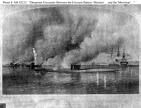



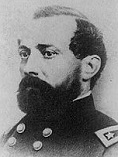
























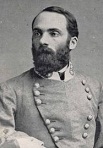

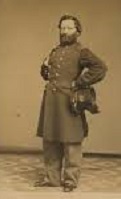
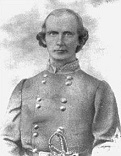
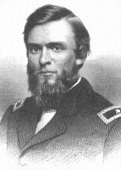




















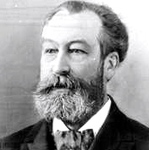
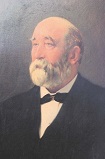


















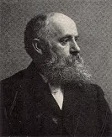





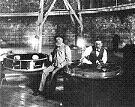

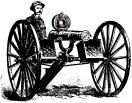


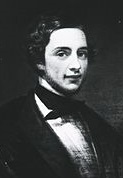




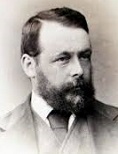





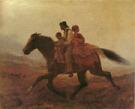
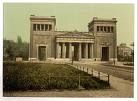
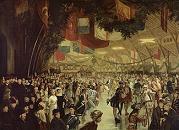

1862 On Jan. 11 too-liberal-for-bananaland Honduran pres. (since 1856) Jose Santos Guardiola (b. 1816) is assassinated by his personal guard, ending the civil war in Honduras (begun 1861); a series of five short-term acting presidents follows (until 1864). On Jan. 20 Steubenville, Ohio-born Edward McMasters Stanton (1814-69) replaces Simon Cameron as U.S. secy. of war #27 (until May 28, 1868) after Congress discovers evidence of corruption in Cameron's awarding of govt. contracts; Cameron, who has controlled the Repub. machine in Penn. since 1857 (the first state boss in U.S. politics) gets himself appointed as U.S. minister to Russia (until Nov.), getting it to support the Union. On Jan. 18 big-eared (and something else?) U.S. pres. #10 John Tyler (b. 1790), dies in Richmond, Va. at age 71, leaving eight children by his 1st wife Letitia and seven by his 30-year-younger 2nd wife Julia, the most by a U.S. pres. (until ?). On Jan. 31 the Helsingfors (Helsinki)-Tawastehus Railway in Finland is inaugurated, with composer Frans Hoyer debuting The Railway Gallop, dedicated to Baroness Rokassowsky. In Jan. the Union army begins to push the Confederates southward in Tenn., helping to strip La. of Confed. troops; on Feb. 6 Ft. Henry on the Tennessee River is captured by Union forces; on Feb. 8 Gen. Grant claims that he will take and destroy Ft. Donelson on the Cumberland River 11 mi. away, which he does on Feb. 13-16 after a desperate battle, demanding and getting "unconditional surrender" from Ky.-born commanding gen. Simon Bolivar Buckner Sr. (1823-1914) taking 14K Confederate POWs, and earning the nickname "Unconditional Surrender Grant" (the first big Union V of the war); the Confederates under Gen. Joseph E. Johnston withdraw to Nashville; in Feb. Grant is promoted to major-gen.; in 1866 Buckner becomes ed. of the Louisville Courier, followed by Ky. gov. in 1867-91. In Jan. Tex. Confeds. led by Maj. Henry Hopkins Sibley (1816-86) (inventor of the tepee-like Sibley Tent and Sibley Stove) march N up the Rio Grande from El Paso in an attempt to capture the gold fields of Colo. Territory followed by Calif. to get around the Union blockade, and capture Valverde, Albuquerque, and Santa Fe, N.M.; the Union makes a stand at Ft. Union, near Las Vegas, N.M., issuing a call for Colo. volunteers; Sibley is court-martialed for cowardice next year but gets off with a censure. On Feb. 3 Pres. Lincoln rejects an offer from King Mongkut of Siam for some royal elephants (two tusks?), noting that Yankees use steam power now. On Feb. 5 the permanent union of Wallachia and Moldavia is declared under the name Romania (Roumania), with capital at Bucharest; Prince Alexander John Cuza becomes domnitor (ruling prince) of Romania (until Feb. 22, 1866). On Feb. 6 a U.S. Navy flotilla under Capt. Andrew Hull Foote (1806-63), cmdr. of naval forces in the Upper Mississippi wins a V at Ft. Henry, followed on Feb. 14 by a land-sea V at Ft. Donelson; Foote is injured and ends up on, er, crutches, and steps down in favor of Capt. Charles Henry Davis (1807-77), then is promoted to rear adm. and given a desk job in Washington, D.C., dying next June 26 in New York City after leaving his last claim to 15 min. of fame by getting the liquor ration abolished in the U.S. Navy. On Feb. 8 the Battle of Roanoke Island becomes one of the first eastern Union Vs after 2.5K Confeds. under Brig. Gen. Henry Alexander Wise (1806-76) are overwhelmed by 13K Union troops under Maj. Gen. Benjamin Huger (1805-77), and surrender after losing 100 men, made famous by an illustration in Frank Leslie's Illustrated Newspaper; too bad, Southern newspapers claim that Roanoake "surrendered without a shot being fired", placing the blame on war secy. Judah P. Benjamin, who resigns in favor of Brig. Gen. George Wythe Randolph (1818-67) (grandson of Thomas Jefferson) (pictured on the Confed. $100 bill), after which Jefferson Davis appoints him secy. of state in Mar., his object being to try to get Britain to come into the war on the side of the Confederacy, in vain; meanwhile on Nov. 15 Randolph resigns in favor of fellow Virginian James Alexander Seddon (1815-80) (until Feb. 5, 1865). On Feb. 20 after Pres. Lincoln cancels his appointments for two weeks to sit at his bedside, his son William Wallace "Willie" "Willy" Lincoln (b. 1850) dies at age 11 after catching cold while riding his pony in a chill rain (typhoid?) - wait for Margaret Mitchell to give this a twist? On Feb. 22 (Washington's birthday) Jefferson Davis (1808-89) is approved by popular vote as the first and only pres. of the Confederate States of America (until May 5, 1865). On Feb. 27 Pres. Jefferson Davis is granted congressional authority to suspend habeas corpus. In Feb. after Pres. Lincoln goes to the Rothschild internat. banking family for a loan to finance the war, and they respond with sky-high interest rates, causing Lincoln to vow to bypass them, Congress passes the U.S. Legal Tender Act, issuing the Greenback (green ink being cheaper at the time), and rolling the printing presses to finance the war with fiat money (printed on one side only); by the end of the war it authorizes $450M of the funny (er, fiat) money, showing enough restraint to prevent runaway inflation like in the Confederacy, although the inflation is severe; in modern times the U.S. One Dollar Bill is printed with black ink on the front and green on the back, and lasts only 18-22 mo. in circulation; the money supply doubles from $745M in 1860 to $1.44B next year, yet greenbacks finance only about one-sixth of the war debt; "shinplasters" (fractional currency) (3, 5, 10, 25, 50 cents) are printed until 1876. In Feb. Gen. Burnside's Coast Div. of the Army of the Potomac captures several rebel strongholds in N.C., incl. Roanoke Island and Ft. Macon, causing him to be promoted to Maj. Gen. in command of the Ninth Army Corps. In Feb. Union commodore David Glasgow Farragut (1801-70) takes command of a task force in the Gulf of Mexico carrying 15K troops under Gen. Benjamin Franklin Butler; in Apr. they enter the Mississippi River, and on Apr. 18-23 bombard the pair of forts on either side of the river 75 mi. below New Orleans (called the Crescent City from the bend the Mississippi makes there) with a mortar flotilla under the command of David Dixon Porter (1813-91), cut a chain holding a boom of hulks across the river on Apr. 24, then pass the forts in single file; Farragut's 17 warships then steam upriver, exchanging heavy fire with the Confederates, and losing four ships and 137 men in a 90-min. battle; Farragut's fleet arrives at New Orleans on Apr. 25, and Marines enter on Apr. 29 after the Confed. forts surrender on Apr. 28; Butler's troops begin a strict occupation of the city on May 1, Butler ordering the confiscation of the property of anyone fighting in the rebel army or whose acts are treasonable to the Union (with himself as judge, jury and executioner); the Miss. is now bottled up by the Union, but Mobile, Ala. soon becomes a center of blockade-running; Butler is removed as military gov. of New Orleans in mid-Dec. after protests against his arbitrary rule - flush your lunch with buckshot? In early Mar. Pres. Lincoln proposes that federal compensation be offered to any state which begins gradual emancipation, claiming that the cost in the border states would be no more than the cost of 87 days of the war; border state opposition kills it; on Mar. 6, 1862 Pres. Lincoln proposes a revised plan of compensated emancipation for slave owners in the District of Columbia and border states, which is passed on Apr. 3, and signed by Lincoln on Apr. 16 under the name U.S. District of Columbia Compensated Emancipation Act, ending slavery in the District of Columbia, compensating the 900+ slaveowners about $300 each, and setting aside $100K to pay passage for those wanting to emigrate to Haiti or Liberia - no doubt hoping they all will, and there's more money available for that too? On Mar. 7-8 the Battle of Pea Ridge (Elkhorn Tavern) in NW Ark. near Bentonville sees 10.5K Union troops (over half German immigrants) under Gen. Samuel R. Curtis defeat 16K barefoot bloody-footprint-in-the-snow rebels (incl. 800 Cherokees) under Maj. Gen. Earl van Dorn (1820-63) (whose portrait bears a striking resemblance to Hollywood actor Kevin Costner (1955-)?), cementing Union control of Mo., showing that the rebels can't win even when they outnumber the Yankees?; Confed. Gen. Benjamin McCulloch (b. 1811) is KIA by a sharpshooter despite wearing black velvet civies with Wellington boots; Grenville Mellen Dodge (1831-1916), col. of the 4th Iowa Volunteer Regiment is wounded, becomes a hero, and is promoted to brig. gen. in command of the District of the Mississippi, where he uses his civil engineering degree to build and protect railroads. On Mar. 8 in a Confed. attempt to raise the blockade of the James and Elizabeth Rivers, the Battle of Hampton Roads, Va. sees the rebels' secret veapon, the ironclad ship Merrimack (Merrimac) (renamed CSS Virginia) (first U.S. Navy ship with rotating gun turrets), commanded by Adm. Franklin Buchanan (1800-74) (whose portrait bears a striking resemblance to Hollywood actor Dennis Hopper (1936-2010)?) destroy the Congress and three smaller vessels, then ram and sink the Cumberland, proving the superiority of ironclads over wooden warships; but never fear, during the night the secret Yankee counterweapon, ironclad ship USS Monitor arrives, and on Mar. 9 the two battlestars, er, ironclads fight for 5-6 hours to a draw (or a Union V, depending on who tells it) (blame it on the tides?); the USS Monitor, built by the Rensselaer and Corning Iron Works in Troy, N.Y., owned by John Flack Winslow (1810-92) (ancestor of TLW?), and which is used as the pattern for 60 more Union Civil War ironclads founders off the coast of Cape Hatteras on Dec. 31 while being towed, and is located in 1973 at 230 ft.; the 120-ton turret raised in June 2002. On Mar. 10 a small Confederate force invades Santa Fe, N.M., and raises the Stars and Bars over the Palace of the Governors, but skip out when Union forces return on Apr. 12, leaving copies of the commander's proclamations and empty champagne bottles. In mid-Mar. after leaving a force behind to guard Washington at Lincoln's orders, Gen. McClellan begins moving S down the Potomac. On Mar. 23 after Confed. high command considers and rejects a plan to strengthen his army enough to go all the way to Washington and abandon Richmond if necessary, Confed. Gen. Stonewall Jackson and his 18K men begin the brilliant diversionary Shenandoah Valley Campaign, winning Vs at the Battle of Front Royal on May 23 et al. against Union Gens. John C. Fremont and Nathaniel P. Banks in an attempt to prevent the Army of the Potomac (then besieging Richmond) from being reinforced; his successes cause Washington itself to be feel threatened, diverting Gen. McDowell; Jackson's foot soldiers move so fast and far that they are called "foot cavalry", and they double back to defend Richmond; on Mar. 23 the First Battle of Kernstown sees Confed. Gen. Stonewall Jackson underestimate the strength of the enemy and retreat, but it does cause Pres. Lincoln to divert more troops than necessary to the Shenandoah Valley. On Mar. 26-28 after the Confederates capture Albuquerque, N.M. (westernmost battle of the U.S. Civil War), the Battle of Glorieta Pass ("the Gettysburg of the West") on the Santa Fe Trial in New Mexico E of Santa Fe sees Union forces under Gen. Edward Richard Sprigg Canby (1817-73), aided by the 1st Colo. Infantry Regiment (1,342 men) stop Confederate forces under Maj. Henry Hopkins Sibley; "They were regular Demons, in the form of Pike's Peakers from the Denver City gold mines... shooting us down like sheep"; although the battle is a draw, Colo. Col. "Fighting Parson" women and children by the volunteer troops of the First Colo. Infantry, led by Methodist minister (since 1844) Col. John Milton Chivington (1821-94) messes up their supply train, bayoneting 600 horses and mules, causing them to give up their attempt to take Colo. gold fields and return to Tex.; Colo. volunteers cmdr. Col. (later gen.) John Potts Slough (1829-67) (pr. like cow) is so hated by his troops that they try to kill him by firing a howitzer at him?; in 1879 the 1st Colo. Infantry Battalion is born - getting some practice for Indian squaws and children? On Mar. 31 Pres. Lincoln appoints his old Ill. neighbor, Waynesville, Ohio-born Northwestern U. and U. of Denver founder John Evans (1814-97) as Colo. gov. #2 (until 1865), going on to stink himself up with the 1864 Sand Creek Massacre and be asked to resign by Pres. Johnson on July 18, 1865. In Mar. Pres. Lincoln proposes that federal compensation be offered any state which begins gradual emancipation, claiming that the cost in the border states would be no more than the cost of 87 days of the war; border state opposition kills it. In Mar. the Port Royal Experiment of inducting blacks into the U.S. army to fight the Confederates begins, but the combat unit is disbanded when the govt. refuses to pay them. In Mar. the govts. of Great Britain and France begin switching from neutrality to a rooting from the sidelines stance vis a vis the South, since they want to get their hands on its cotton, but not enough to openly recognize the Confederacy, esp. British PM Lord Palmerston, who is known for fighting the internat. slave trade - are you still feeling lucky? Goose-stepping Prussia begins the Bismarck Project to reach the Moon by the end of the decade? In Mar. after Otto Eduard Leopold von Bismarck (1815-98) is sent to Paris to serve as Prussian ambassador, the Prussian Landtag insists on an itemization of the budget so they can see that extra funds aren't going to the military, causing the king to dissolve it, resulting in another election in May in which the Progressive Party wins 133 seats; on Sept. 23 the new Landtag deletes from the budget money which has already gone towards military reorg.; after the king tries to resign but can't get his son to take the throne, Bismarck is called in for advice, and on Sept. 30 is made PM and minister of foreign affairs for Prussia, and begins relying on Article 99 of the constitution to let his idol, er, king fund the govt. using existing tax systems with or without the approval of the Loose Cannon Landtag, while devoting his career to the unification of Germany under Prussian leadership and making Germany #1 in Europe (and himself the greatest European diplomat of the cent.). Can we talk not? The resting place of the Jewish Ark of the Covenant becomes a white man's cemetery? On Apr. 5-May 4 after Union Gen. George McClellan with 121K troops overestimates enemy strength and decides against a direct attack, the Siege of Yorktown by the Yankees gives Confed. Gen. Albert Sidney Johnston time to position his army in front of Richmond; noticing that Gen. Grant's 42K troops camping along the Tennessee River are exposed, Johnston brags "Tonight we will water our horses in the Tennessee", then moves his 33K forces defending Corinth, Miss. for a successful surprise dawn attack on Apr. 6 (Sun.) in the bloody but beautiful dawn-to-sunset (first large-scale battle of the Western Theater?) Battle of Shiloh Church (Pittsburg Landing) (a log church in the center of the Union camp) (Heb. "Shiloh" = place of peace) 2 mi. from Pittsburg Landing in SW Tenn. (8 mi. N of Savannah, Ga.), killing many in their bedrolls next to Bloody Pond; Confed. Gen. Joseph Wheeler (1836-1906) of Ala. leads the cavalry; Johnston dies on the battlefield while leading a brigade charge, later called by Jefferson Davis "the turning point of our fate", leading to the stubborn Southern belief in the Lost Cause, i.e., that it was only a tragic accident that destroyed their dream; Gen. William Tecumseh Sherman has two horses shot from under him and is badly wounded, getting credit for a Union V by Gen. Grant and being promoted to Maj. Gen. of volunteers; on Apr. 7 the Yankees, reinforced by Gen. Don Carlos Buell and Gen. Lew Wallace take the offensive and win back all the lost ground, and the rebels retreat to Corinth, with the Union army unable to pursue; combined casualties are 25K, the costliest battle so far in U.S. history, exceeding the total of the Am. Rev. War, the 1812 War, and the Mexican War combined; Confeds: 1,728 KIA, 8,012 wounded, 957 MIA; Yankees: 1,754 KIA, 8,408 wounded, 2,885 MIA; upon reading the newspaper reports of all the casualties, "after Shiloh the South never smiled", while initial Union celebrations are sobered, and all hopes for a quick Union V are kaput; Gen. Pierre G.T. Beauregard succeeds Gen. Johnston; noted military strategist Gen. Henry Wager "Old Brains" Halleck (1815-72) accuses Gen. Grant of being drunk and napping during the initial attack, and gets Lincoln to give him Grant's job as field cmdr., only to become overcautious and let the rebels easily escape from Corinth on May 30 and fall back to Tupelo; Lincoln utters the soundbyte about Halleck that he's "little more than a first-rate clerk". On Apr. 12 the Great Locomotive Chase sees Union spies led by James J. Andrews (1829-62) steal the Confed. locomotive The General near Marietta, Ga.; they are later caught. On Apr. 13 2K Calif. volunteers under Col. (later Brig. Gen.) James Henry Carleton leave Camp Drum near Los Angeles, Calif., becoming the longest and most difficult march of the U.S. Civil War, ending up in the Rio Grande Valley to counter Confederate troops. On Apr. 16 the Confed. Congress passes an act of conscription declaring all white male citizens ages 18-35 members of the army for three years, and those already in service required to serve out three years; in Sept. the upper age is raised to 45, and further extended next Feb. to 17-50, with those under 18 and over 45 reserved for state defense; the act is weakened by a $500 commutation loophole as well as many other exemptions, incl. one white man for each plantation with 20 or more slaves (rich man's exemption). On Apr. 22 San Salvador signs a concordat with Pope Pius IX, making the Roman Catholic Church its state church; on July 26 Venezuela signs a similar concordat with the Church, as does Ecuador on Sept. 26; Haiti affirms its 1860 concordat; the Vatican just about has South Am. sewn up with concordats? On Apr. 29 New Orleans falls to Union forces. On May 1-Nov. 1 the 1862 Great London Internat. Exhibition in South Kensington, London features 28K exhibitors from 36 countries, attracting 6.1M visitors; too bad, it only makes a profit of £790; the cork-rubber floor covering Kamptulicon (patented 1843) makes a big splash. Mexico gets its big Cinco de Mayo? On May 5 an army of 2K-4K Mexican nationalists loyal to Benito Juarez (many of them peasants with farm implements), led by Gen. Ignacio Zaragoza (1829-62) defeats an army of 3.5K Mexican and 4.5K French soldiers loyal to Napoleon III led by French Gen. Lorenz at the Battle of Puebla (Cinco de Mayo) 100 mi. E of Mexico City; Zaragoza dies of typhoid fever on Sept. 8; the V keeps the French from aiding the Confederates in Tex., and helps the Union win the U.S. Civil War, but white supremacist Americans never consider it a holiday worth celebrating like the Mexicans, and later, Mexican-Ams. do. On May 20 Pres. Lincoln signs the U.S. Homestead Act of 1862 (effective next Jan. 1), giving citizen heads of households who are at least 21-y.-o. and never took up arms against the U.S. govt. a 160-acre tract of farmland (stolen from the Indians, who are forced onto reservations) provided they improve it (build a house and plow at least 10 acres) and live there at least five years); Confederates are excluded, but blacks aren't, and comprise 5% of the homesteaders; 2 wks. of service in the U.S. Army qualifies, regardless of age, incl. 8-y.-o. drummer boys; only 40% of the homesteaders last the required five years; the 1866 U.S. Southern Homestead Act helps black sharecroppers during Reconstruction; the 1873 U.S. Timber Culture Act requires claimants to plant trees; the 1904 U.S. Kinkaid Act applies to W Neb.; the 1909 U.S. Enlarged Homestead Act doubles allottments from 160 to 320 acres; the 1916 U.S. Stock-Raising Homestead Act increases allottments to 640 acres; by the time the act is revoked in 1986, 270M acres in 30 states (incl. Alaska) are settled in 1.6M homesteads, and one-third of modern Americans are descended from the homesteaders; the first person to file a claim is Daniel Freedman (1826-1908) in Beatrice, Neb., who marries Agnes Suiter Freeman (1843-1931) in 1865 and together have eight children; their land becomes the site of the freely suitable Homestead Nat. Monument of Am., authorized Mar. 19, 1936. In May Union Gen. David "Black Dave" Hunter (1802-86), new head of the Dept. of the South declares free all slaves in S.C., Ga., and Fla., but Pres. Lincoln quickly revokes his order despite pressure from congressional Radicals; he then orders his First South Carolina Regiment (first Arican-Am. regiment in the U.S. Army) to active duty in N Va., freaking the Confeds. and causing them to threaten him with death if captured; after he fails to receive authorization from Washington and pisses off former slaves with involuntary induction, the regiment is ordered disbanded. Just as the Dark Side of the Force is closing in on the Confederacy, their Luke Skywalker assumes command of the rebel forces, in the Return of the Jedi, Southern edition? On May 31 Gen. Joseph Eggleston Johnston and 45K rebels attack Union forces isolated on the S bank of the Chickahominy River at the unfair battle of Fair Oaks (Seven Pines), but the latter are saved by reinforcements who cross the swollen river, balancing the forces and making it fair?; Johnston is wounded for several mo., but two of McClellan's corps are wiped out; maj. gen. Gustavus Woodson Smith (1821-96) replaces Johnston, then suffers a nervous breakdown, and on June 1 Gen. Robert E. "Granny" Lee assumes command of the Army of Northern Va., and the Union positions are recaptured; when McClellan hears the news, he is glad, saying "Lee is too cautious and weak under grave responsibility"; meanwhile in Nov. after five gens. are promoted over his head to Lt. Gen., Smith resigns from the military and is appointed Confed. secy. of war - must have been looking in a mirror? By the end of May Gen. McClellan's troops sight the church spires of Richmond, Va., but encounter Confed. defenders on the N bank of the Chickahominy River N of the city (which is on the James River). On June 7-8 the First Battle of Chattanooga sees the Union under Brig. Gen. James Scott Negley (1826-1901) bombard it then withdraw. On June 19 Congress excludes slavery from the territories, but doesn't offer the owners compensation. On June 25-July 1 the 6-battle Seven Days Battles shows what Gen. Lee can do for the rebel cause as he hits the Yankees N of the Chickahominy River with everything he has, initally catching them trying to mass at a point on the James River below Richmond, and ordering his Gens. Ambrose P. Hill and James "Dutch" "Old Pete" Longstreet (1821-1904) to cross the Chickahominy and attack their right wing at the Battle of Oak Grove on June 25, but losing on June 26 at the Battle of Mechanicsville (Ellerson's Mill), where A.P. Hill is wounded and his command taken by colorful young cavalryman James Ewell Brown (J.E.B.) Stuart (1833-64); the Confederates rally and win on June 27 at the Battle of Gaines's Mill; on June 29 McClellan attacks at the Battle of Savage's Station, and again on June 30 at the Battle of White Oak Swamp in Henrico County, Va., and again at the Battle of Frazier's Farm (Nelson's Farm) (Glendale) on June 30, finally gathering for a final stand at the Battle of Malvern Hill 12 mi. S of Richmond; on July 1 Lee's forces under former Davidson engineering prof. Gen. Daniel Harvey Hill (1821-89) attack, and are driven back with severe losses, suffering heavy casualties from Union artillery and gunboats in the James River; the Union forces win a V but are unaware of it, and retreat to Harrison's Landing on the mouth of the James River to lick their wounds and nurse their "sore-tongued and fatigued horses" (McClellan); "I have just read your dispatch... Will you pardon me for asking what the horses of your army have done... that fatigues anything?" (Lincoln). In June Gen. Braxton Bragg (1817-76) of N.C. replaces Gen. Beauregard as cmdr. of the Army of the Tennessee, and attempts to hold NE Tenn., then marches into Ky. in Aug. with the hope that their people will repudiate the Union and rise up (they don't); he nearly captures Nashville but is stopped by Gen. Buell's Army of the Ohio at the Battle of Perryville (Chaplin Hills) on Oct. 8 (largest Civil War battle in Ky.), causing him to pull back into Tenn. The U.S. switches to Capital One with the no-hassle rewards? Or, pay our price or pay the Devil's price? On July 1 the U.S. Revenue Act of 1862 is signed by Pres. Lincoln to pay for the war, establishing the first federal excise tax on tobacco, which garners $3M the first year; the federal income tax is changed to a graduated (progressive) rate (first in U.S. history), rising from 5% of incomes above $600 to 10% of incomes above $10K; a luxury tax is placed on liquor, carriages, yachts, billiard tables, playing cards et al.; beer is taxed at $1/barrel; brewers producing more than 500 barrels/year must purchase a $100 federal license, reduced to $50 for less than 500 barrels/year; the first Commissioner of Internal Revenue is George Sewall Boutwell (1818-1905) of Mass., who bolted the Dem. Party in 1854 to help organize the sewer, er, sea wall Repub. Party; in 1863 New England produces 161,607 barrels of beer; too bad, the tax only finances 21% of wartime expenditures; in 1866 new regs require application tax stamps to beer barrels in the factory; the act is rescinded in 1872 after millionaire William Backhouse Astor Sr. goes to court and gets it ruled unconstitutional; on Aug. 21, 1862 in response to federal taxation, the United States Brewers' Assoc. (Lager-Beer Brewers Assoc. until Oct. 1864) is founded by 37 breweries in a meeting at Pythagoras Hall in New York City, becoming the first trade and lobbyist group in the U.S., lobbying the govt. to refund the tax on lager then sending a commission to Europe to study excise laws on malt liquors, convincing the govt. to temporarily reduce the beer tax to 60 cents/barrel then keep the tax constant until 1898 while taxes on distilled liquors increase 3x; after Congress raises the tax on beer by $1/barrel in 1898 to fund the Spanish-Am. War, it successfully lobbies to get the increase abolished in 1902; in 1896 it pub. Documentary History of the United States Brewers' Association with a Sketch of Ancient Brewers' Guilds: Modern Brewers' Associations, Scientific Stations and Schools, Publications, Laws and Statistics Relating to Brewing Throughout the World; in 1986 it becomes the Beer Inst., with HQ in Washington, D.C. On July 9 Pres. Lincoln visits McClellan's HQ, only to have the conceited gen. take it out on him, complaining of lack of support from his admin. and presenting him with the Harrison's Landing Letter, which tells the pres. how to run the war; when Lincoln returns to Washington on July 11 he replaces McClellan as gen.-in-chief, but allows him to keep command of the Army of the Potomac; Lincoln offers Italian hero Giuseppe Garibaldi (1807-82) command of the Union Army, but withdraws the offer after protests by the Vatican (causing later rumors that the Vatican engineered Lincoln's assassination to get even); he then calls in Gen. Henry Wager "Old Brains" Halleck (1815-72) (textbook expert) from the West to Washington. On July 12 the U.S. Congress authorizes the (Congressional) Medal of Honor; it is first awarded to six Union soldiers who hijacked the Confed. locomotive The General (raid leader James J. Andrews doesn't get one because he's a civilian?). On July 13 the First Battle of Murfreesboro sees the Confed. cavalry under Gen. Nathan Bedford Forrest (1821-77) capture the Union garrison at the important Union supply center of Murfreesboro in Rutherford County, Tenn. on the Nashville and Chattanooga Railroad and tear up the track, halting the Union advance on Chattanooga, becoming the first significant Confed. operation behind Union lines in the Western theater. On July 16 the U.S. Congress passes a Naval Ranks Act creating the ranks of vice-adm., rear-adm., and commodore, with nine grades of commissioned officers; David G. Farragut becomes the first rear Adm. in the U.S. Navy, followed by the first vice-adm. in 1864 and first Adm. in 1866, providing for an active list of one adm., one vice-adm., and nine rear-adms; he also becomes the first Hispanic U.S. Adm. On July 17 Congress passes the U.S. Second Confiscation Act, liberating the slaves of all persons aiding the rebellion, and authorizing the enlistment of blacks; the army is forbidden to help the return of runaways to border-state owners; since the confiscation of rebel land is only valid for the lifetime of the offender (under the U.S. Constitution), and communism doesn't turn abolitionists on, it isn't used to give freed slaves their own farms; Congress permits S.C. Gen. Rufus Saxton (1824-1908) to raise recruits from Sea Islands to reform the First S.C. Volunteer Regiment in Nov. under Capt. (later Lt. col.) Charles Tyler Trowbridge (-1907), followed on Nov. 10 by Col. Thomas Wentworth Higginson (1823-1911) (white Mass. Unitarian abolitionist minister and writer, who later discovers Emily Dickinson), going on to raid the coasts of Ga. and Fla. late in the year. On Aug. 4 the Battle of Cravensville on the site of the Mormon Adam-ondi-Ahman sacred ground in Daviess County, Mo. sees Union troops attempt to stop Confed. reinforcements in the coming (Aug. 11) First Battle of Independence, with six rebels KIA and 10 wounded vs. five Yankees wounded; the Confeds. win in Independence, but the Union keeps recruiting fresh troops. On Aug. 10 the Nueces Massacre (Massacre on the Nueces River) sees a group of 61 pro-Union German immigrants fleeing from the Hill Country of Tex. to Mexico en route to New Orleans, La. ambushed by 96 Confed. soldiers under Brig. Gen. Hamilton Prioleau Bee (1822-97) on the Nueces River, who kill 37, ending German resistance to the Confederacy but pissing-off the German pop. On Aug. 11 the Battle of Compton's (Little Compton) Ferry on the Grand River in Livingston County, Mo. is a V for Union forces under Col. Odon Guitar (1825-1908) over 1.2K-1.5K Confed. recruits under Col. John A. Poindexter (1825-69), who are caught trying to cross the river and end up in headlong retreat, with the Yankees in close pursuit, cornering them at the Battle of Yellow Creek, obliterating the Confed. force and ending their recruiting efforts in N Mo.; Poindexter is captured on Sept. 1 at a private's house wearing civilian clothes, after which he is accused of being a guerrilla and almost executed. Lincoln wants to free the slaves - as long as they leave America? On Aug. 14 Pres. Lincoln delivers his Suffers from Your Presence Speech to a group of prominent free blacks: "Your race suffers greatly, many of them, by living among us, while ours suffers from your presence. If this is admitted, it affords a reason why we should be separated"; the Lincoln admin. sends inquiries to South Am. and African govts., but only Panama and the Caribbean island of Ile a Vache (Fr. "cow island") off SW Haiti are found acceptable as places for freed slave colonies - who must of course be put far enough away to be kept from "our white wimmin"? On Aug. 18 Horace Greeley issues the Prayer of Twenty Millions in the New York Tribune, the most dramatic public scolding that Pres. Lincoln has yet received, calling for emancipation; on Aug. 22 Lincoln responds with a Letter to Horace Greeley, containing the soundbytes "My paramount object in this struggle is to save the Union and is not either to save or destroy slavery" and "If I could save the Union without freeing any slave, I would do it. If I could save it by freeing all the slaves, I would do it - and if I could do it by freeing some and leaving others alone, I would also do that"; on Sept. 7 Scottish-born Am. radical Dem. abolitionist Robert Dale Owen (1801-77) (son of British utopian socialist Robert Owen) writes Lincoln a letter urging him to end slavery on moral grounds, which seems to get to him. On Aug. 20 the First Battle of Brandy Station in Culpeper County, Va., 55 mi. SW of Washington, D.C. is a push. On Aug. 28 after Giuseppe Garibaldi gets pissed-off at the presence of French troops in Rome and marches to liberate it with 3K volunteers, the Battle of Aspromonte near Reggio Calabria in S Italy is a D for Garibaldi at the hands of Italian troops led by gen. Enrico Cialdini after his forces refuse to fire on fellow subjects of the Kingdom of Italy; Garibaldi is wounded in the foot, captured, and held in honorary confinement in Varignano, then released and allowed to return to Caprera. On Aug. 29-30, before McClellan's Army of the Potomac can return to Washington for a new overland assault on Richmond, the Confederates under Gens. Lee and Jackson again kick Union butt at the Second Battle of Bull Run (Second Manassas); in a dashing night attack on Aug. 29, J.E.B. Stuart's "foot cavalry" sweep around the right flank of Union Gen. John Pope (1822-92), cmdr. of the Washington defense forces, attacking his supply lines at Cedar Mountain and even capturing his papers; on Aug. 30 Jackson's forces engage Pope's at Manassas Junction, until Lee's main army arrives and crushes Pope's flank, driving him from the field and forcing him to wear more ruts in the road back to Washington with his ragtag Yankee losers; the Yankee folks back home begin to wonder if this war is worth it; Gen. Irvin McDowell suffers another defeat, and is never given another battlefield command; McClellan arrives and takes command, telling his wife in a letter "Again I have been called upon to save the country"; Union Maj. Gen. Fitz-John Porter (1822-1901) of N.H. is court-martialed for refusing to obey Gen. Pope's order to attack, and found guilty next Jan. despite claiming innocence; the decision is reversed 1879, and his rank restored in 1896. On Sept. 1 the Battle of Chantilly (Ox Hill) in Fairfax County, Va. is a push; Union Gen. Philip Kearny Jr. (b. 1815) ("the One-Armed Devil") mistakenly rides into the Confed. lines and is KIA. On Sept. 3/4 the Confed. Invasion of Md. (Maryland Campaign) (ends Sept. 20) sees Gen. Lee's 55K-man army cross the Potomac River at White's Ford in the hopes of forcing a negotiated peace, capturing Frederick, Md. and Hagerstown, Md. N of the Potomac River 30-50 mi. NW of Washington D.C., then on Sept. 14 suffer a D at the Battle of South Mountain (Boonsboro Gap); 96-y.-o. matron Barbara Fritchie (Frietchie) (nee Hauer) (1766-1862) defiantly waves the Stars and Stripes from an upper window as Stonewall Jackson's Confed. troops march through Frederick; Union Maj. Gen. Jessee Lee Reno (b. 1823), known as a soldier's soldier is KIA at Fox's Gap, after which Fort Reno in Okla. Territory and Fort Reno in Washington, D.C. are named after him, along with Reno, Nev.; on Sept. 9 Lee's Lost Order, his battle plan for the invasion of Md., revealing that he has split his troops and sent Gen. Jackson off to take their old stomping grounds of Harpers Ferry 16 mi. S. of Sharpsburg is found by a Union soldier of the 27th Indiana in Frederick rolled up in some cigars; it should have allowed the Union to be ready for him, but Cloudy McClellan delays for 16 hours as Lee reassembles his tired 2-1 outnumbered 50K-man army behind Antietam Creek near Sharpsburg, Md., resulting on Sept. 17 in the Battle of Antietam (Sharpsburg), becoming the first battle fought on Union soil, the bloodiest day of the U.S. Civil War, and the largest 1-day bloodbath on U.S. soil (until ?) (23,110 total casualties, incl. 6K dead and 17K wounded); the rebels are saved from disaster by A.P. Hill's div. arriving from Harpers Ferry, attacking the Union left flank, which is itself saved by Union gen. Hugh Boyle Ewing making a brilliant change of front; the Union is on the verge of breaking the rebels twice, only to be held back by Gen. McClellan, who falsely believes that Gen. Lee has hidden reserves; "No tongue can tell, no mind conceive, no pen portray the horrible sights I witnessed this morning" (a Penn. soldier); Gen. James Longstreet is severely wounded; the battle is a push, but the rebel losses of 10K killed and wounded vs. an equal number for the Union represents 25% of Lee's army, forcing him to withdraw from the field on Sept. 18, ending his invasion of Md. to seek refuge in Fredericksburg, Va. by the Rappahannock River; "God has been very kind to us this day" (Lee); Lincoln uses Lee's withdrawal to declare a Union V and dust off his Emancipation Proclamation; Mathew Brady photographs the grisly aftermath, becoming the first time the dead are photographed before being buried, helping solidify Northern support for a total V. On Sept. 10 Carlos Antonio Lopez (b. 1790) dies, and his son and vice-pres. Francisco Solano Lopez (1826-70) becomes pres. of well-armed tobacco-yerba mate producer Paraguay (until 1870). On Sept. 14 the Kanagawa (Namamugi) Incident sees top-knotted sword-wielding Japanese samurai murder English Shanghai merchant Charles Lennox Richardson (b. 1834) (a racist who whipped Chinese in China) for not dismounting for Satsuma bigwig Shimazu Hisamitsu (1817-87) as his retinue of 1K passes him on the Tokaido Road in Namamugi village, causing the Anglo-Satsuma War on Aug. 15-17, 1863. Bam and the dirt is gone? One of the greatest political acts in history, changing the U.S. Civil War into one for a new birth of freedom, taking the spine out of the rebels in their quiet thoughtful moments? On Sept. 22 after informing his cabinet in July of his purpose, then submitting it in draft form (handwritten on four sheets of paper) on Aug. 22, and haunting the War Dept. waiting for news of a Union V to make it not look like a desperation move, Pres. Lincoln issues a preliminary Emancipation Proclamation (#95), permanently freeing all slaves living in rebel territory as of Jan. 1, 1863 (where he had no power to free them?), while leaving those in border states in slavery, albeit with an understanding that one day, one day; the Russians, who freed their serfs in 1861 are favorably impressed at being copied by the backward Amerikanskies; now the Union stands for the principle that all men shall be free, giving it a religious dimension (the original playing of the race card, get me a hanky I'm about to faint); Frederick Douglass predicts that it "will be worthless, miserable mockery unless the nation shall so far conquer its prejudice as to welcome into the army full-grown black men to help fight the battles of the Republic"; it takes until 2008 for the U.S. to elect its first pres. with a noticeable amount of African blood. On Sept. 30 the First Battle of Newtonia in Newtonia, Mo. is a V for the Confeds. incl. an Indian brigade under Col. Douglas H. Cooper against Union troops incl. three Indian regiments from Ft. Scott under Brig. Gen. James Gilpatrick (Gillpatrick) Blunt (1826-81). In Sept. the Union ship USS Essex under William David Porter bombards Natchez, Miss., after which he is promoted to commodore and shuttled off to New York City. In Sept. 34-y.-o. Count Leo Tolstoy (1828-1910) marries 18-y.-o. Sofia Andreyevna Behrs (1844-1919), and begins work on The Decembrists, a long novel of which only the first three chapters are pub., but the research for it leads him to the 1812 Napoleonic invasion and hence to his really big novel "War and Peace". In early Oct. Union Gen. Ulysses S. Grant, "the chunky man from the West" (Stephen Binet) ("I need this man - he fights" - Pres. Lincoln) begins a long-range attack on "the Gibraltar of the Confederacy" Vicksburg, Miss. "the nail head that holds the South's two halves together" (Jefferson Davis) ("Vicksburg is the key. The war can never be brought to a close until the key is in our pocket" - Abraham Lincoln); on Oct. 3-4 the Second Battle of Corinth, Miss. is a V for the Union after the Confeds. take the city and then retreat in the face of Union reinforcements, nearly getting trapped on Oct. 5 in the Battle of Hatchie Bridge; Knox County, Ohio-born "Old Mother" Mary Ann Ball Bickerdyke (1817-1901) gains fame as a nurse with Grant's army, going on to fight for pensions for veterans and nurses after the war. On Oct. 4 the Union captures Galveston, Tex., but the Confeds. under Maj. Gen. John Bankhead Magruder (1807-71), "the handsomest soldier in the Confederacy" begin planning a counterattack. On Oct. 7 William Ewart Gladstone (chancellor of the exchequer) gives his Newcastle Speech, with the soundbyte: "We have our own opinions about slavery, we may be for or against the South, but there is no doubt that Jefferson Davis and other leaders of the South have made an army, they are making, it appears, a navy, and they have made what is more than either, they have made a nation. We may anticipate with certainty the success of the Southern states as far as their separation from the North is concerned"; too bad, the failed invasion of the North in Sept. keeps Britain from recognizing the Confederacy. On Oct. 23 after a Greek army mutiny, Bavarian king (since May 27, 1832) Otto I of Greece (b. 1815) is deposed by the nat. assembly with the approval of the Euro powers, and flees the country. In Oct. Philly banker Jay Cooke (1821-1905), "the financier of the Civil War" begins a nationwide campaign to sell war bonds, which don't depreciate in value against gold like greenbacks, and eventually floats over $2B worth, being helped by the fact that new banks formed under the Nat. Banking Act are required to invest part of their capital in them. In Nov. the 1862 U.S. nat. election sees the Dems. exploit the war to gain many seats, but not enough to control Congress. On Nov. 9 Pres. Lincoln relieves Gen. McClellan of command, sending him a 1-sentence letter which says, "If you don't want to use the army, I should like to borrow it for a while", transferring him to recruiting duty in N.J. after he bids farewell to his officers on Nov. 11 in Warrenton, Va.; Lincoln replaces him as CIC of the Army of the Potomac with Gen. Ambrose Everett Burnside (1824-81), whose distinctive facial hair creates a sideburn craze, first called burnsides then sideburns; he considers himself unfit to command such large numbers, and just needs one chance to prove it, causing Lincoln to go from bad to worse with the Army of the Potomac, and it's all his fault? On Dec. 1 Pres. Lincoln delivers his 1862 Annual Message to Congress, preparing them for his coming Emancipation Proclamation, issuing the soundbyte "We cannot escape history", and raising the question of border-state compensation, and warning them to be "anxious and careful" that the war does not "degenerate into a violent and remorseless revolutionary struggle"; "Without slavery the rebellion could never have existed; without slavery it could not continue... We cannot escape history... In giving freedom to the slave, we assure freedom to the free... We shall nobly save, or meanly lose, the last best hope of Earth"; he adds "Property is the fruit of labor. Property is desirable, it is a positive good in the world. Labor is prior to, and independent of capital. Capital is only the fruit of labor, and could never have existed if labor had not first existed. Labor is the superior of capital, and deserves much the higher consideration" - sounds like an ad for Marx? On Dec. 13 Gen. Sideburns, er, Burnside sends the Army of the Potomac across the icy Rappahannock River to assault Lee's forces who are well entrenched W of Fredericksburg on Marye's Heights, and the Battle of Fredericksburg, Va. on Dec. 13 is a big V for the Confeds. under Gens. Lee, his "right hand man" Jackson, and Longstreet, teaching the value of a stone wall in a Civil War battle (one which Granny Lee doesn't remember at Gettysburg?); the Union takes 12K casualties to 6K for the Confederates; Lee issues a soundbyte: "It is well that war is so terrible, else we should grow too fond of it"; the forces in the east are now deadlocked, and back home Northern Dems. are calling for a negotiated peace, while Repub. Radicals are looking for scapegoats and calling for blood, esp. Burnside, Seward, and even el jefe Lincoln. On Dec. 14 the Civil War Aurora is seen by soldiers in Fredericksburg, Va. On Dec. 24 the first life insurance policy is issued by the John Hancock Mutual Life Insurance Co. of Mass. to its first agent Albert Murdock. On Dec. 26-29 the Battle of Chickasaw Bayou at Johnson's Plantation on the Yazoo River in Miss. sees Grant's and Sherman's forces repulsed with heavy casualties. On Dec. 31-Jan. 2 the Confederates under Gen. Braxton Bragg (1817-76) fight the Union forces under Gen. William Starke Rosencrans (1819-98) (Buell's replacement, after Lincoln accuses him of having "the slows") at the Battle of Stones River (Second Battle of Murfreesboro), ending in a stalemate after 23K are KIA by both sides, becoming the highest percentage of casualties on both sides of the war; on Dec. 31 Union Brig. Gen. Joshua Woodrow Sill (1831-62) is KIA after switching coats with his West Point classmate and friend Gen. Philip Sheridan, causing the latter to later name Fort Sill in Okla. Territory after him; Union Maj. Gen. (since Nov.) James Scott Negley saves the day on the 2nd day by leading a successful counterattack against the Confeds. under gen. John C. Breckinridge; hearing of Union reinforcements, Bragg falls back to Chattanooga, and both armies regroup for 6 mo. On Dec. 31 Pres. Lincoln signs an act admitting W. Va. to the Union. The Turkish sultan recognizes the autonomous principality of Romania, with capital at Bucharest (modern pop. 1.9M/2.6M). Monaco sells Menton and Roquebrune to France. A pro-clerical uprising in the Bay Islands of Honduras protests religious freedom for non-Catholics, turning into civil war against liberal pres. Jose Santos Guardiola (ends 1862). The Chinju Uprising in Korea, led by a fallen yangban (court official) kills a number of corrupt and greedy officials. It's court-packing time at the Washington Zoo? Them pesky Southerners out of the way in Congress, and three Supreme Court justices having recently kicked the bucket (Peter Vivian Daniel in 1860, John McClean and John A. Cambell in 1861), Pres. Lincoln appoints three new justices who have their minds right, Noah Haynes Swayne (1804-84) (#35) (Jan. 24) (until Jan. 24, 1881), Ky.-born Samuel Freeman Miller (1816-90) (#36) (July 16) (until Oct. 13, 1890), and David Davis (1815-86) (#37) (Oct. 17) (until Mar. 4, 1877) (no relation to Jefferson Davis?), giving the court a full nine members; too bad, pesky Roger B. Taney (1836-64) still has a couple of years left? As good whites kill bad whites in the South, PC whites are allocated land in the West to breed like rabbits? The U.S. grants Haiti diplomatic recognition, sending color-right Frederick Douglass as its Consular Minister. The French acquire the seaport of Obock (Obok) (Ubuk) in E Africa on the N side of the Gulf of Tadjoura opposite Djibouti, but don't occupy it until 1884. Gee, don't blame Blaine from Maine? James Gillespie Blaine (1830-93) of Maine becomes Speaker of the U.S. House of Reps. (until 1875), vigorously supporting the Lincoln admin., then working to tone down the radical measures of Thaddaeus Stevens during the Reconstruction era. Pres. Lincoln appoints Dem. Tenn. Sen. Andrew Johnson (b. 1808), the only Southern senator to remain loyal to the Union as military gov. of occupied Tenn., with rank of Brig. Gen. After Union gen. Grenville Mellen Dodge helps Thomas Clark Durant (1820-85) get rich by smuggling contraband cotton from the Confed. states, and he decides to invest it in railroads, the Union Pacific Railroad is chartered by the U.S. Congress to build a railroad from the Missouri River to the Pacific Ocean with $60M in govt. subsidies and 20M acres of land; the Central Pacific Railroad Co. of Calif. (mainly Chinese laborers under supervision of dry goods store owner Charlie Crocker) works E from Sacramento, while the Union Pacific (mainly Irish laborers under supervision of Gen. Grenville Mellen Dodge, who discovers a pass through the Black Hills in the 1865 campaign, and resigns from the military in 1866, then gets appointed chief engineer with the endorsement of Gens. Grant and Sherman) works W from Omaha, Neb., all beginning next year; "They built the Great Wall of China, and that's the biggest run of masonry in the world" (Crocker) (biggest crock?); too bad, in 1867 U.S. rep. (R-Mass.) (a major stockholder) Oakes Ames (1804-73) sandbags the govt. by getting a bill passed authorizing the railroad to issue its own bonds based on the sum lent to it by the govt., while placing the entire risk on the govt., then helps the stockholders buy the Penn. Fiscal Agency, rename it the Credit Mobilier of Am., and use it as a front to rob the Union Pacific blind of $44M by 1868; when the public complains, Ames bribes a number of congressmen and federal judges with stock to shut them up, until the New York Sun prints letters from Ames' associate Henry Simpson McComb proving that the co. got $72M in contracts to build the railroad, which is itself only worth $53M, causing it to go bankrupt, stiffing investors - that's so ravin', could you please remove your dog? Ft. Douglas (closed in 1991) overlooking Salt Lake City, Utah is built by Irish-born Union Col. (later Maj. gen.) Patrick Edward Connor (1820-91) to keep a watch on the pesky Mormons and protect overland routes from pesky Indians. War is good for what? War profiteers take advantage of the U.S. Civil War to sell the Union army shoddy goods; "This is the age of shoddy" (New York Herald); many rich U.S. families lay their groundwork now, incl. the Morgan, Rockefeller (Cleveland, Ohio), Mellon (Pittsburgh, Penn.), Carnegie, Stanford, Huntington, Armour, and Swift (Chicago, Ill.) families. The Chinese defeat the Taipings in Shanghai. Vietnamese emperor Tu Duc (pr. doo-yoke) surrenders to the French, who set up the colony of Cochin China (not to be confused with Cochin in SW India). The U.S. Dept. of Agriculture (USDA) is created by Pres. Lincoln, who calls it the "people's department"; it is given cabinet status in 1889. The U.S. Army Medical Museum (AMM) is founded in Silver Spring, Md. (near Washington, D.C.) by U.S. Army Surgeon Gen. Wiliam A. Hammond; in 1989 it is renamed the Nat. Museum of Health and Medicine (NMHM). Repub. Party co-founder George William Curtis (1824-92) delivers the address "Doctrine of Liberty" to the Phi Beta Kappa Society at Harvard U. on behalf of Pres. Lincoln, laying out the intellectual foundations of Am. education that are adopted by U.S. public schools for the next cent.; next year he becomes political ed. of Harper's Weekly, launching the column "The Easy Chair". New England novelist Nathaniel Hawthorne visits the South to see the Civil War firsthand, and comes upon a group of ex-slaves trudging northward, writing the soundbyte: "They seemed a kind of creature by themselves, not altogether human, but perhaps quite as good, and akin to the fauns and rustic deities of olden times. Whoever may be benefited by the results of this war, it will not be the present generation of negroes." 6'4" Pres. Lincoln meets 4'11" Harriet Beecher Stowe (1811-96), and issues the immortal soundbyte: "So you're the little lady who wrote the book that started this great war". Denver, Colo. founder William H. Larimer Jr. fails in his bid for mayor, probably because the miners don't want a stern, elderly Presbyterian who doesn't cotton to their wild frontier entertainments; having also failed to get Pres. Lincoln to appoint him the first gov. of Colo. Territory instead of Quaker William Gilpin, he sours and moves back to Leavenworth, Kan., decrying Colorado's "lack of comforts". The 1862 Garrotting Panic grips London, although it was blown way out of proportion? Mormon settler Walter Murray Gibson (1822-88) arrives in Lanai, Hawaii to reorganize the Mormon colony, becoming a friend and advisor to King Kalakaua and ending up getting excommunicated for registering the land under his own name and refusing to turn it over to the church, causing him to expel those who don't support him from his colony and church; on May 20, 1882 he is appointed foreign affairs minister, followed on June 30, 1886 by PM of Hawaii (until Oct. 13, 1886), giving the king bad counsel incl. building his own Pacific Empire, leading to the 1887 Hawaiian Constitution, after which he flees the islands and dies broke in San Francisco, Calif. on Jan. 21, 1888. The desert resort city of Palm Springs, Calif. E of Mount San Jacinto in the Coachella Valley 55 mi. E of San Bernardino, 107 mi. E of Los Angeles, 123 mi. NE of San Diego, and 268 mi. W of Phoenix, Ariz. (modern-day pop. 44K) (named after the Calif. fan palm Washingtonia filifera) is founded by Jack Summers as a stagecoach station on the Bradshaw Trail; in 1876 the Southern Pacific Railroad bypasses it 6 mi. to the N, stifling pop. growth; in 1886 Dr. Welwood Murray founds Murray Hotel for health tourists; in 1906 health nut George Wharton James pub. The Wonders of the Colorado Desert (2 vols.), which praises it for its "great charms and attractiveness", making fans of U.S. vice-pres. Charles Fairbanks, naturalist John Muir, and Robert Louis Stevenson's widow Fanny Stevenson before it is demolished in 1909; in 1920 J. Smeaton Chase pub. Our Araby: Palm Springs and the Garden of he Sun, causing Pearl McCallum and her husband Austin G. McManus to build the Art Deco Oasis Hotel in 1924, designed by Frank Lloyd Wright, starting a luxury resort hotel boom that makes it popular with Hollywood stars in the 1930s. The Metropolitan Railway of London, designed by John Fowler opens. Russian musician Anton Rubinstein founds the St. Petersburg Conservatory; in 1866 his brother Nikolai Rubinstein founds the Moscow Conservatory. After leaving her daughter Avis in England, strong-willed English widow Anna Leonowens (1831-1915) and her son Louis travel to the exotic kingdom of Siam to educate the harem and children of the even stronger-willed king Yul, er, Rama IV Mongkut, witnessing the torture and execution of adulteress Tupim, and educating heir apparent Chulalongkorn. British explorer John Hanning Speke (1827-64) identifies the source of the White Nile as a large waterfall at the N end of Lake Victoria (later submerged by the Owens Falls Dam). Adolf Schreyer (1828-99) is appointed court painter to the Grand Duke of Mecklenburg, going on to paint some great battle scenes of the Franco-Prussian wars. French-born Charles Ranhofer (1836-99) becomes head chef of Delmonico's Restaurant in New York City (until 1876, then 1879-96), going on to become #1 in the U.S. as well as the first internationally-renowned U.S. chef. The Russkies one-up the English with a better Bible? After Tsar Alexander II patronizes a mission to Sinai, in the late 1850s, German scholar Lobegott Friedrich Constantin von Tischendorf (1815-74) returns with the Codex Sinaiticus, one of the oldest Bible mss. ever discovered (4th cent. C.E.), found in St. Catherine's Monastery on Mount Sinai in 1844; it is pub. by order of the tsar to critical acclaim; "Providence has given to our age... the Sinaitic Bible, to be to us a full and clear light as to what is the real text of God's Word written, and to assist us in defending the truth by establishing its authentic form." Pfaff Co. in Kaiserslautern, Germany is founded by guitar player Matthew Pfaff (1823-93) to produce sewing machines. Coal-filtered fruit-flavored white Bacardi Rum is introduced. Chase & Sanborn brand coffee is introduced in Boston, Mass, becoming the first roasted coffee shipped in sealed tins; in 1929 it is acquired by Standard Brands, which in 1981 merges with Nabisco, which sells it to Kraft-General Foods in 1987, which sells it in 1984 to Hill Bros., followed in 1984 by Nestle, Sara Lee in 1999, and Massimo Zanetti Beverage Group in 2006. Cloetta confectionary and nut co. is founded in Copenhagen, Denmark by Swiss brothers Bernhard, Christopher, and Nutin Cloetta, opening a factory in 1873 in Malmo, Sweden, which in 1901 moves to Ljungsbro; in 1917 it is acquired by the Swedish Chocolate Factory; in 2012 it merges with much larger Leaf Brands under the Cloetta name. H.I. Rowntree's confectionary business in Castlegate, York, England is founded by English Quaker Henry Isaac Rowntree (1837-83), who buys out the Tuke family, then in 1869 adds his brother Joseph Rowntree (1836-1925), growing to 4K employees by 1900; in 1881 it introduces Rowntree's Fruit Pastilles, followed by Rowntree's Fruit Gums (1893), Aero Bars (1935), Kit Kat (1935), Smarties (1937), Polo (1948) (from the polar taste of the mint), and After Eight Mint Chocolate Thins (1962); in 1969 it merges with John Mackintosh & Co., makers of Rolo, Munchies, Carmac, and Quality Street to become Rowntree Mackintosh; in 1971 it acquires Menier Chocolate of france; in 1976 it introduces the Yorkie Bar, followed by the Lion Bar (Big Cat) (1977); in 1978 Hershey acquires the U.S. rights to Kit Kat and Rolo; in 1988 after it becomes the 4th largest chocolate manufacturer on Earth after Mars, Hershey, and Cadbury it is acquired by Nestle for £2.55B. Sports: Jem Mace loses his British heavyweight boxing title to "the Fighting Sailor" Thomas "Tom" King (1835-88), then regains it when King refuses a rematch. The English cricket team tours Australia for the first time. Architecture: The Propylaea in Munich (begun 1846) finishes construction. The Victoria Skating Rink in Montreal, Quebec, Canada opens, becoming the site of the first-ever ice hockey game on Mar. 3, 1875, and the first Stanley Cup playoff games in 1894; in 1889 Lord Frederick Stanley witnesses his first ice hockey game there; after it becomes the first bldg. in Canada to be electrified, in 1896 telegraph wires are connected to broadcast live to fans in Winnipeg; it also helps the development of figure skating in Canada. Inventions: N.C.-born agricultural equipment maker Richard Jordan Gatling (1818-1903) patents the 10-barrel hand-cranked hundreds-of-rounds-per-min. Gatling Gun (the first practical machine gun) just in time for use on some Johnny Rebs; it is first used by the Union Army in 1864, but never sees extensive use. J.R. Johnson and J.S. Atkinson of London patent an improved type-casting machine that automatically performs all operations subsequent to punch-cutting and matrix-justifying. German engineer Nikolaus August Otto (1832-91) patents a crude 2-stroke internal combustion gasoline engine with a carburetor based on the 1860 illuminating gas engine of Etienne Lenoir of Belgum; German entrepreneur Eugen Langen (1833-95) partners with him to found NA Otto & Cie, the world's first engine factory; the 1867 Paris World Exhibition awards the engine their grand prize; too bad, the factory goes bankrupt, and Eugen goes on to found the Deutz factory, which later becomes Kloeckner-Humboldt-Deutz (KHD), later renamed Deutz AG. Science: On Jan. 20 Am. antiquities dealer Edwin Smith (1822-1906) purchases the Edwin Smith Papyrus from Egyptian dealer Mustapha Aga in Luxor, Egypt, becoming the oldest medical text to survive to modern times, dated to 1,600 B.C.E.; he comes into temporary possession of another medical papyrus which is purchased in 1873 by Georg Moritz Ebers. On Jan. 31 Am. astronomer Alvan Graham Clark (1832-97) of Cambridgeport, Mass. discovers blue-skewed Sirius B, the first white (degenerate) dwarf star, a companion of Sirius (Alpha Canis Majorus). On July 16 Comet Swift-Tuttle (109P/Swift-Tuttle) (period 133.28 years) is first observed by Am. astronomers Lewis A. Swift (1820-1913) and Horace Parnell Tuttle (1837-1923); it is rediscovered in 1992 by Japanese astronomer Tsuruhiko Kiuchi. French geologist Alexandre-Emile Beguyer (Béguyer) de Chancourtois (1820-86) arranges the chemical elements based on the new (1858) values of atomic weights of Stanislao Cannizzaro in the form of a spiral graph centered on tellurium, showing that elements on related portions of the spiral have analogous properties, scooping Dmitri Mendeleyev; too bad, since he's a geologist, the chemists don't read it - coulda had a V-8? Scottish-born German astronomer Johann von Lamont (1805-79) discovers electrical currents in the Earth. German botanist Julius von Sachs (1832-97) discovers that starch is produced by photosynthesis. Dutch opthalmologist Hermann Snellen (1834-1908) introduces the Snellen Chart to test visual acuity, consisting of 11 lines of "optotypes" (specially-designed letters, using only CDEFLOPTZ; line #8 is for 20/20 vision). German chemist Friedrich Wohler (1800-82) discovers calcium carbide. The velvety silvery-blue deer-resistant Colo. Blue Spruce (Picea pungens) is discovered on Pikes Peak in Colo. Nonfiction: Thomas Arnold the Younger (1823-1900), A Manual of English Literature; becomes a std. textbook in Britain. Friedrich Bleek (1793-1859), Einleitung in das Neue Testament. George Borrow (1803-81), Wild Wales, Its People, Language, and Scenery. Sir Richard Francis Burton (1821-90), The City of the Saints: And Across the Rocky Mountains to California; his 100-day journey from St. Joseph, Mo. to Salt Lake City and San Francisco, incl. his meeting with Brigham Young, and his observations on the "peculiar institution" of polygamy, "at once the bane and blessing of Mormonism". John Elliott Cairnes (1823-75), The Slave Power; exposes the disadvantages of the employment of slave labor, influencing Brits against the Confederate States of Am. Charles Stuart Calverley (1831-84), Verses and Translations. John McLeod Campbell, Thoughts on Revelation. Ramon de Campoamor y Compoosorio, Polemicas con la Democracia. Elizabeth Charles (1828-96), The Chronicles of the Schonberg-Cotta Family; about Martin Luther. Moncure D. Conway (1832-1907), The Golden Hour; abolitionist. Charles Darwin (1809-82), Fertilization of Orchids. Jean Henri Dunant (1828-1910), A Memory of Solferino (Un Souvenir de Solferino); based on his experiences in the 1859 Battle of Solferino in the Franco-Austrian War; recommends that neutral orgs. be established to aid wounded soldiers in war, inspiring the creation of the Internat. Committee of the Red Cross next year. Camille Flammarion (1842-1925), The Plurality of Inhabited Worlds. Moses Hess (1812-75), Rome and Jerusalem: The Last National Quetion (Leipzig); his magnum opus; argues for a Marxist-Socialist Jewish state in Palestine to bring about "the Sabbath of history" after mass immigration of Jewish working class people who found rural kibbutzim and moshavim seeking "redemption of the soil", along with an urban Jewish proletariat, becoming the founder of leftist Labor (Socialist) Zionism>, diverging from Marx and Engels by seeing the struggle of races or nationalities as more important than economic classes, becoming one of the first to notice the rise of race-based anti-Semitism in Germany; too bad, Euro Jews still prefer cultural assimilation; makes fans of Theodor Herzl (who brings it back from the grave) and Vladimir Jabotinsky. Mark Hopkins (1802-87), Lectures on Moral Science. William Stanley Jevons (1835-82), A General Mathematical Theory of Political Economy; popularizes the Final (Utility) Theory of Value, along with the Law of Diminishing Returns, giving economics a mathematical basis. Ludwig Kochel (1800-77), Catalogue of Mozart's Works; introduces the K-numbering system for Mozart's works. Edouard Rene Lefevre de Laboulaye (1811-83), The United States and France. Eliphas Levi (1810-75), Fables et Symboles. Henri Mouhot (1826-61), Travels in Siam, Cambodia and Laos; builds up Angkor Wat as "grander than anything left to us by Greece or Rome", promoting the theory that all civilization began in the Middle East. George Rawlinson, The Five Great Monarchies of the Ancient Eastern World (1862-7). Johannes Schmidt (1843-1901), Interrelationships between the Indo-Germanic Languages; ditches the Root Theory of August Schleicher for the Wave Theory (Wellentheorie), in which the hypothetical root language acted as a wave center for the descendants. Herbert Spencer (1820-1903), First Principles. David Friedrich Strauss (1808-74), H.S. Reimarus. Jeremiah P. "Jerry" Thomas (1830-85), Bar-Tender's Guide (How to Mix Drinks; or, The Bon-Vivant's Companion); becomes the first drink book pub. in the U.S., making him an instant star, with his Blue Blazer flaming whiskey drink at the El Dorado in San Francisco causing him to earn $100 a week at the Occidental Hotel in San Francisco, more than the U.S. vice-pres.; the 1876 ed. contains the first pub. recipe for the Tom Collins; naturally, he claims to have invented the Tom & Jerry. Henry David Thoreau (1817-62), Wild Fruits; calls for preservation of the wilderness; Where I Lived, and What I Lived For (autobio.). Music: Edmond Audran (1842-1901), L'Ours et le Pacha (comic opera) (first opera) (Marseille). Hector Berlioz (1803-69), Beatrice et Benedict (opera) (Baden-Baden); features Duet of the Young Women. Julius Eichberg (1824-93), The Doctor of Alcantara (operetta) (Boston Museum) (Apr. 7); big hit, winning over the Boston Puritan prudes. Stephen Foster (1826-64), Beautiful Dreamer. Charles Gounod (1818-93), La Reine de Saba (opera). Modest Mussorgsky (1839-81), St. John's Night on the Bare Mountain (June 23) (St. John's Eve); first tone poem by a Russian composer? George Frederick Root (1825-95), The Battle Cry of Freedom; pro-Union song gets so popular that the Confeds. steal it? Nikolai Rimsky-Korsakov (1844-1908), Sadko, Op. 5; first tone poem by a Russian composer? Sir Arthur Sullivan (1842-1900), Incidental Music to Shakespeare's "The Tempest"; his graduation piece from the Leipzig Conservatoire in Germany; a hit, launching his composing career. Franz von Suppe (1819-95), Die Kartenschlagerin (operetta) (Kai-Theatre, Vienna) (Apr. 26); Zehn Madchen und Kein Mann (Ten Women and No Men) (Kai-Theatre, Vienna) (Oct. 25). Giuseppe Verdi (1813-1901), La Forza del Destino (The Force of Destiny) (opera) (Nov. 10) (Bolshoi Kameny Theatre, St. Petersburg); libretto by Francesco Maria Piave; based on Angel de Saavedra's "Don Alvaro o La Fuerza de Sino" and Friedrich Schiller's "Wallenstein's Lager"; Peruvian nobleman Don Alvaro courts Donna Leonora, but his part-Indian blood holds him back, and it all ends in a double death like Romeo and Juliet?; the overture becomes a big hit. Robert Volkman (1815-83), Symphony No. 1 in D minor, Op. 49; "Sounds almost like a forgotten work by Brahms" (Shelagh Rogers, 1998). Henryk Wieniawski (1835-80), Violin Concerto No. 2 in D minor; his masterpiece? Art: William-Adolphe Bouguereau (1825-1905), The Remorse of Orestes. Jean-Baptiste Carpeaux (1827-75), Ugolino and his Sons (sculpture) (1857-60); taken from Dante's "Inferno"; 13th cent. Count Ugolino della Gherardesca (1220-89) is locked up with his children to starve. Pierre Puvis de Chavannes (1824-98), Standard Bearer (mural); Woman Weeping over the Ruins of Her Home (mural); Reaper (mural); Woman Spinning (mural); Work (mural); Rest (mural). George Cruikshank (1792-1878), The Worship of Bacchus; pro-Temperance painting. Eugene-Emmanuel Amaury-Duval (1808-85), Madame de Loynes; The Birth of Venus. William Powell Frith (1819-1909), The Railway Station. Jean Auguste Dominique Ingres (1780-1867), The Turkish Bath (Bain Turque). Eastman Johnson (1824-1906), A Ride for Liberty - The Fugitive Slaves; the Battle of Manassas. Edouard Manet (1832-83), Lola de Valence; La Musique aux Tuileries (The Music in the Tuileries Gardens); Jeanne Duval, Charles Pierre Baudelaire's Mistress, Reclining. Moritz von Schwind (1804-71), The Honeymoon. James MacNeill Whistler (1834-1903), Symphony in White, No. 1: The White Girl. Plays: Bjornstjerne Bjornson (1832-1910), Sigurd Slembe; pumps up Norwegian nationalism. Sir Francis Burnand (1836-1917), Fair Rosamond. Friedrich Hebbel (1813-63), Die Nibelungen (trilogy). Henrik Ibsen (1828-1906), Love's Comedy. Poetry: Alfred Austin (1835-1913), The Human Tragedy. Robert Williams Buchanan (1841-1901), Undertones. Oliver Wendell Holmes Sr. (1809-94), Songs in Many Keys. Charles Marie Rene Leconte de Lisle (1818-94), Poemes Barbares. Coventry Patmore (1823-96), The Victories of Love. Christina Georgina Rossetti (1830-94), Goblin Market, and Other Poems. Joseph Roumanille (1818-91), Lis Oubreta en Vers. John Godfrey Saxe (1816-87), The Flying Dutchman, or the Wrath of Herr Von Stoppelnose. Annie Louisa Walker (1836-1907), Leaves from the Backwoods. William Ross Wallace (1819-81), The Liberty Bell; popular pro-Union poem. Novels: Mary Elizabeth Braddon (1837-1915), Lady Audley's Secret; big hit about bigamy, featuring Robert Audley, who searches for the truth about his friend George Talboy and his uncle's wife Lucy Adley; John Marchont's Legacy. Fernan Caballero (1796-1877), Cuadros de Costumbres (short stories). Wilkie Collins (1824-89), No Name. Octave Feuillet (1821-90), Sibylle; his greatest hit. Gustave Flaubert (1821-80), Salammbó (Salammbo); the life and times of Hannibal. Eugene Fromentin (1820-76), Dominique. Victor Marie Hugo (1802-85), Les Miserables (Misérables) (10 vols., 513K words); pub. simultaneously in six languages; a giant internat. hit, the 1st Paris ed. selling out in 24 hours, becoming the gospel for the poor and oppressed of the world, becoming a hit for both armies in the U.S. Civil War; set in 1815-32, culminating in the 1832 June Paris Uprising; in five parts: "Fantine", "Cosette", "Marius", "Saint Denis", "Jean Valjean"; Inspector Javert persecutes of petty thief Jean Valjean (Vlajean) (Voila Jean) even after he spends 19 years in the galleys for breaking the window of baker Maubert Isabeau and stealing a loaf of bread to feed his starving sister and her seven children in 1795 (5 years for burglary, plus 14 for four escape attempts, prisoner #24,601), and is given a new chance by Monseigneur Bienvenu, Bishop of D (based on Monsignore Miolles of Digne), who helps him become a millionaire jet glass manufacturer, benefactor of the poor, and mayor of M sur M under the alias Monsieur Madeleine, until he is exposed by Javert and flees to Paris, where he fulfills a promise to dying mother Fantine and brings up little Cosette (based on Adele Foucher AKA Madame Hugo), who grows up and is courted by revolutionary Marius Pontmercy (based on himself), whom he rescues from a rev. barricade, dying reconciled at last, boo hoo; contains a 3-page 823-word sentence with 93 commas, 51 semicolons, and 4 dashes; "So long as there shall exist, by reason of law and custom, a social condemnation, which, in the face of civilization, artificially creates Hells on Earth, and complicates a destiny that is divine, with human fatality; so long as the three problems of the age - the degradation of man by poverty, the ruin of woman by starvation, and the dwarfing of childhood by physical and spiritual night - are not solved; so long as, in certain regions, social asphyxia shall be possible; in other words, and from a yet more extended point of view, so long as ignorance and misery remain on Earth, books like this cannot be useless" (preface); "What evil good can be"; "The masterwork of fiction of this century" (George Meredith); "Lord of human tears" (Alfred, Lord Tennyson). Nikolai Leskov (1831-95), The Musk-Ox. Margaret Oliphant (1828-97), The Chronicles of Carlingford (1862-5); pub. in Blackwood's Mag. Wilhelm Raabe (1831-1910), Unseres Herrgotts Kanzlei. Fritz Reuter (1810-74), Ut Mine Festungstid. Horace Elisha Scudder (1838-1902), Seven Little People and Their Friends. Benjamin Penhallow Shillaber (1814-90), The Doublet-Runner Club. Harriet Beecher Stowe (1811-96), The Pearl of Orr's Island. Ivan Turgenev (1818-83), Fathers and Sons; his masterpiece?; Arkady Kirsanov returns from the U. of Petersburg a nihilist, taking his friend Bazarov with him to his father Nikolai's country estate called Marino, pissing-off Nikolai's brother Pavel. Artemus Ward (C.F. Browne) (1834-67), His Book. Births: Am. publisher Frank Nelson "Effendi" Doubleday (d. 1934) on Jan. 8 in Brooklyn, N.Y.; partner of Samuel S. McClure and Walter Hines Page (1855-1918); father of Nelson Doubleday (1889-1949); grandfather of Nelson Doubleday Jr. (1933-2015). Am. golfer Walter J. Travis (d. 1927) on Jan. 10 in Maldon, Australia; emigrates to the U.S. in 1884. Am. surgeon (immunotherapy pioneer) William Bradley Coley (d. 1936) on Jan. 12 in Westfield, Conn. German Hilbert Space mathematician David Hilbert (d. 1943) on Jan. 23 in Welhau (Welawa), Prussia. Am. "The Age of Innocence" novelist Edith Newbold Wharton (nee Jones) (d. 1937) on Jan. 24 in New York City; sister of Alice Hamilton (1869-1970). Austrian MP Karl Hermann Wolf (d. 1941) on Jan. 27 in Eger. English "Over the Hills and Far Away" composer Frederick (Fritz) Theodore Albert Delius (d. 1934) on Jan. 29 in Bradford, West Riding, Yorkshire; German immigrant parents. Am. conductor-composer Walter Johannes Damrosch (d. 1950) on Jan. 30 in Breslau, Prussia; son of Leopold Damrosch (1832-85). U.S. Supreme Court justice #66 (1914-41) James Clark McReynolds (d. 1946) on Feb. 3 in Elkton, Ky.; educated at Vanderbilt U., and U. of Va. English composer Sir Edward German (German Edward Jones) (d. 1936) on Feb. 17 in Whitchurch, Shropshire; of Welsh descent; knighted in 1928. Am. "Becky Sharp" playwright Langdon Mitchell (d. 1935) on Feb. 17 in Philadelphia, Penn. Am. industrialist (Bethlehem Steel) Charles Michael Schwab (d. 1939) on Feb. 18 in Williamsburg, Penn.; German Roman Catholic immigrant parents. Scottish "Little Black Sambo" children's writer Helen Bannerman (Helen Brodie Cowan Watson) (d. 1946) on Feb. 25 in Edinburgh; lives in Madeira from ages 2-12; educated at the U. of St. Andrews; moves to Madras, India in 1889; grandmother of Tom Kibble (1932-). Am. writer John Jay Chapman (d. 1933) on Mar. 2 in new York City; father of Victor S. Chapman (1890-1916); educated at Harvard U. Am. "The Squaw Man" playwright Edwin Milton Royle (d. 1942) on Mar. 2 in Lexington, Mo.; husband of Selena Fetter (1860-1955); father of Selena Royle (1904-83) and Josephine Fetter Royle (1901-92). Norwegian meteorologist Vilhelm Friman Koren Bjerknes (d. 1951) on Mar. 14 in Oslo; co-discoverer with his son Jacob of Bjerkness mass air fronts in the atmosphere. German Freiwirtschaft economist (anarchist) Silvio Gesell (d. 1930) on Mar. 17 in Sankt Vith, Prussia; Belgian mother. German mathematician Christian Hugo Eduard Study (d. 1930) on Mar. 23 in Coburg, Saxe-Coburg-Gotha. Am. Impressionist painter Frank Weston Benson (d. 1951) on Mar. 24 in Salem, Mass.; known for his outdoor scenes. U.S. Supreme Court justice #70 (1922-38) Alexander George Sutherland (d. 1942) on Mar. 25 in Stony Stratford, England; Scottish father, English mother; emigrates to the U.S. in 1863; educated at Brigham Young U., and U. of Mich. French Socialist PM #73 (1909-11), #77 (1913), #82 (1915-17), #93 (1925-6), #96 (1929) Aristide Briand (d. 1932) on Mar. 28 in Nantes; friend of Jules Verne. Am. "The Faith of a Liberal" pacficist educator and political leader (anti-Prohibition peacenik) Nicholas Murray Butler (d. 1947) on Apr. 2 in Elizabeth, N.J.; educated at Columbia U.; pres. of Columbia U. (1901-45); friend of Elihu Root - the real Wizard of Oz? British Gen. Sir Bryan Thomas Mahon (d. 1930) on Apr. 2 in Belleville, County Galway. British Lt. Gen. Sir Fenton John Aylmer, 13th Baronet of Donadea (d. 1935) on Apr. 5 in Hastings, Sussex; educated at Woolwich Academy. Finnish "Elsa" realist novelist-playwright Teuvo Pakkala (Teodor Oskar Frosterus) (d. 1925) on Apr. 9 in Oulu; known for his portrayal of children. Am. astronomer William Wallace Campbell (d. 1938) on Apr. 11 in Hancock County, Ohio; dir. of Lick Observatory (1901-30); pres. of the U. of Calif. (1923-30); father of WWI ace #1 Douglas Campbell (1896-1990). U.S. conservative chief justice #11 (1930-41), supreme court justice #62 (1910-16), secy. of state #44 (1921-5), and N.Y. gov. #36 (1907-10) Charles Evans Hughes Sr. (d. 1948) on Apr. 11 in Glens Falls, N.Y.; educated at Madison U. (Colgate U.), Brown U., and Columbia U. U.S. Sen. (R-Utah) (1901-5) Thomas Kearns (d. 1918) on Apr. 11 in Woodstock, Ont., Canada; grows up in O'Neill, Neb. Russian PM (1906-11) Peter (Pyotr) Arkadyevich Stolypin (d. 1911) on Apr. 14 in Dresden, Saxony; relative of poet Mikhail Lermontov (1814-41). English "From a College Window" writer-poet-educator Arthur Christopher "A.C." Benson (d. 1925) on Apr. 24; son of Edward White Benson (1829-96); brother of Margaret Benson (1865-1916), E.F. Benson (1867-1940), and Robert Hugh Benson (1871-1914); master of Magdalen College, Cambridge U. (1915-25). English Liberal statesman-ornithologist (foreign secy. in 1905-16) Sir Edward Grey, 1st Viscount Grey of Fallodon (d. 1933) on Apr. 25 in London; great-grandson of Sir George Grey, 1st Baronet of Fallodon, 2nd son of Charles Grey, 1st Earl Grey, and younger brother of Charles Grey, 2nd Earl Grey; educated at Temple Grove School, Winchester College, and Balliol College, Oxford U. - no black and white? U.S. anti-KKK Rep. (D-Ala.) (1895-1915) and U.S. Sen. (1915-27) Oscar Wilder Underwood (d. 1929) on May 6 in Louisville, Ky.; first House minority whip (1900-1). English shipping magnate Sir John Reeves Ellerman, 1st Baronet (d. 1933) on May 15 in Kingston upon Hull; German immigrant father; created baronet in 1905; father of Bryher (1894-1983). Austrian "Reigen" novelist-playwright-physician (Jewish) Arthur Schnitzler (d. 1931) on May 15 in Vienna; a favorite target of Hitler as an example of "Jewish filth". Portuguese pres. #5 (1918-19) João do Canto e Castro da Silva Antunes (d. 1934) on May 19 in Lisbon. English archeologist David George Hogarth (d. 1927) on May 23 in Barton-upon-Humber, Lincolnshire; collaborator of T.E. Lawrence and Arthur Evans. English social welfare worker, writer, and first woman justice of the peace in Scotland (1920) Elizabeth Sanderson Haldane (d. 1937) on May 27; sister of Richard Haldane, 1st viscount Haldane (1856-1928). English Treacher Collins Syndrome surgeon-ophtalmologist Edward Treacher Collins (d. 1932) on May 28; son of Dr. W.J. Collins and Miss Treacher; brother of Sir Wiliam Job Collins (1859-1946); educated at Univ. College London. Austrian minister-pres. (1917-18) Ernst Ritter Seidler von Feuchtenegg (d. 1931) on June 5 in Schwechat. Swedish ophthalmologist Allvar Gullstrand (d. 1930) on June 5 in Landskrona. German cathode ray physicist Philipp Eduard Anton von Lenard (d. 1947) on June 7 in Pressburg, Hungary (Bratislava, Slovakia); educated at the U. of Heidelberg. English physicist Sir William Henry Bragg (d. 1942) on July 2 in Wigton, Cumberland; educated at Trinity College, Cambridge U.; knighted in 1920; father of Sir William Lawrence Bragg (1890-1971). British Rear Adm. Sir Christopher George Francis Maurice "Kit" Cradock (d. 1914) on July 2 in Richmond, North Yorkshire. Austrian Vienna Secession painter Gustav Klimt (d. 1918) on July 14 in Baumgarten. Am. anti-lynching crusader (black) Ida Bell Wells-Barnett (d. 1931) on July 16 in Holly Springs, Miss.; born a slave; educated at Fisk U. White Russian gen. Nikolai Nikolaevich Yudenich (d. 1933) on July 18 (July 30 Old Style) in Moscow. Am. Tammany Hall politician Timothy Daniel "Dry Dollar" "Big Feller" "Big Tim" Sullivan (d. 1913) on July 23 in Five Points, Manhattan, N.Y.; Irish immigrant parents. Am. "Fleur-de-Lis" Impressionist painter Robert Lewis Reid (d. 1929) on July 29 in Stockbridge, Mass. English "Ghost Stories of an Antiquary" Gothic writer and medieval scholar Montague Rhodes James (d. 1936) on Aug. 1 in Goodnestone Parsonage, Kent; provost of King's College (1905-18) and Eton College (1918-36); uncle of Robert Rhodes James (1933-99). English "Elephant Man" Joseph Carey "John" Merrick (d. 1890) on Aug. 5 in Leicester; neurofibromatosis, elephantiasis, or Proteus syndrome? Am. "A Perfect Day", "I Love You Truly", "Just A-Wearyin' for You" singer-songwriter Carrie Minetta Jacobs-Bond (d. 1946) on Aug. 11 in Janesville, Wisc.; first woman to sell 1M copies of a song ("I Love You Truly", 1901). Am. Sears, Roebuck & Co. magnate (Jewish) Julius Rosenwald (d. 1932) on Aug. 12 in Springfield, Ill.; born and raised near Abe Lincoln's house; father of Lessing Julius Rosenwald (1891-1979) and William Rosenwald (1903-96). Am. football-basketball hall-of-fame coach (U. of Chicago) (1892-1932) ("Grand Old Man of Football") Amos Alonzo Stagg (d. 1965) on Aug. 16 in West Orange, N.J.; educated at Phillips Exeter Academy, and Yale U. (Skull & Bones). French ant-Semitic politician-writer Maurice Barres (Barrès) (d. 1923) on Aug 19 in Charmes, Vosges. French "Pelleas et Melisande", "Afternoon of a Faun" Impressionist Symbolist composer Claude-Achille Debussy (d. 1918) on Aug. 22 in St. Germain-en-Laye; educated at the Paris Conservatoire; first composer to exploit the whole-tone scale. French PM #78 (1913) Jean Louis Barthou (d. 1934) on Aug. 25 in Oloron-Sainte-Marie, Pyrenees-Atlantiques. Australian PM #6 (1908-9, 1910-13, 1914-15) Andrew Fisher (d. 1928) on Aug. 29 in Crosshouse. Belgian "Pelleas et Melisande", "La Princesse Maleine" Symbolist poet-dramatist (in French) Count Maurice Polydore Marie Bernard, Count Maeterlinck (d. 1949) on Aug. 29 in Ghent; created count in 1932. British financier-philanthropist (Jewish) Sir Edgar Speyer, 1st Baronet (d. 1932) on Sept. 7 in New York City; German Jewish immigrant parents; becomes British subject in 1892-1921; created baronet in 1906; husband (1902-32) of Leonora Speyer (1872-1956). British statesman. (gov.-gen. of Canada, #12 1921-6) field marshal Julian Hedworth "Bungo" George Byng, 1st Viscount Byng of Vimy (d. 1935) on Sept. 11 in Hersmere; educated at Eton College; husband (1902-35) of Lady Evelyn Byng (1870-1949); created viscount in 1928. Am. "The Gift of the Magi" short story writer O. Henry (William Sydney Porter) (d. 1910) on Sept. 11 in Greensboro, N.C.; imprisoned in 1898-1902 for embezzlement as a bank teller in Austin, Tex. in 1891-4, then settles in New York City to write you know whats; coins the phrase "curiosity killed the cat" in "Schools and Schools"; O. Henry comes from "Ohio" and "Penitentiary"? Austrian field marshal Klaudius (Claudius) Freiherr Czibulka von Buchland (d. 1931) on Sept. 22. Australian PM #7 (1915-23) William Morris "Billy" Hughes (d. 1952) on Sept. 25 in Pimlico, London; of Welsh extraction; longest-serving Australian MP, changing parties 5x in 51 years. Am. Symbolist painter Arthur Bowen Davies (d. 1928) on Sept. 26 in Utica, N.Y.; member of The Eight and organizer of the 1913 Armory Show. South African PM (1907-19) Gen. Louis Botha (d. 1919) on Sept. 27 in Greytown, Natal. U.S. Sen. (R-Ind.) (1899-1911) and historian Albert Jeremiah Beveridge (d 1927) on Oct. 6 in Highland County, Ohio; English descent parents; educated at DePauw U. (Ind. Asbury U.); husband (1907-27) of Catherine Eddy Beveridge (1881-1970). German biologist Theodor Heinrich Boveri (d. 1915) on Oct. 12. Am. economist-historian John Rogers Commons (d. 1945) on Oct. 13 in Hollansburg, Ohio; educated at Oberlin College, and Johns Hopkins U. English explorer-writer Mary Henrietta Kingsley (d. 1900) on Oct. 13 in Islington; first Euro woman to explore deep into Africa; father prohibits her from attending school, causing her to learn to read on her own from his large travel library - once you go black you'll never go back? Russian war minister (1917) Alexander Ivanovich Guchkov (d. 1936) on Oct. 14 in Moscow. French inventor and pioneer filmmaker Auguste Marie Louis Nicolas Lumiere (Lumière) (d. 1954) on Oct. 19 in Besancon; brother of Louis Jean Lumiere (1864-1948); son of photographer Antoine Lumiere (1839-1911); how lucky that "lumiere" is French for "light"? German "The German Catastrophe" historian Friedrich Meineke (d. 1954) on Oct. 30 in Salzwedel, Prussia; educated at the U. of Bonn, and U. of Berlin; prof. at the U. of Strasbourg; teacher of Heinrich Bruening (1885-1970). Austrian crystal manufacturer Daniel Swarovski (Swartz) (d. 1956) on Oct. 24 in Georgenthal bein Gablonz. British Vice Adm. Sir Hugh "Old Voice" Evan-Thomas (d. 1928) on Oct. 27 in Gnoll, Neath, Glamorgan, Wales. English "The Thief of Virtue" novelist-poet-playwright Eden Phillpotts (d. 1960) on Nov. 4 in India; likes to write about Dartmoor. German (Prussian) diplomat Count Johann Heinrich von Bernstorff (d. 1939) on Nov. 14 in London, England; son of Count Albert von Bernstorff (1809-73). German #1 "Die Weber" dramatist-novelist Gerhart Hauptmann (d. 1946) on Nov. 15 in Obersalzbrunn, Silesia (Szczawno Zdroj, Poland); founder of naturalist drama. Am. Presbyterian evangelist William Ashley "Billy" Sunday (d. 1935) on Nov. 19 near Ames, Iowa; plays pro baseball in 1883-90. Finnish "The History of Human Marriage" anthropologist ("the First Darwinian Sociologist") ("the First Sociobiologist") Edvard Alexander Westermarck (d. 1939) on Nov. 20 in Helsinki. Canadian "The Lane That Had No Turning" novelist-politican Sir Horatio Gilbert George Parker, 1st Baronet (d. 1932) on Nov. 23 in Camden East, Addington, Ont.; knighted in 1902; created baronet in 1915. Am. "Mighty Lak' a Rose" composer-pianist Ethelbert Woodbridge Nevin (d. 1901) on Nov. 25 in Edgeworth, Penn. Hungarian-British archeologist Sir (Jewish-turned-Lutheran) Marc Aurel Stein (d. 1943) on Nov. 26 in Budapest; becomes British citizen after parents have him baptized as a Lutheran to become PC. British diplomat lt. col. Sir Arthur Henry McMahon (d. 1949) on Nov. 28 in Simla, India. German Bavarian right-wing politician Gustav Ritter von Kahr (d. 1934) on Nov. 29 in Weissenburg. Am. New Thought writer William Walker Atkinson (d. 1932) on Dec. 5 in Baltimore, Md. French "La Force", "Les Demoiselles Goubert" historial novelist Paul Adam (d. 1920) on Dec. 7 in Paris; collaborator of Jean Moreas (1856-1910). Am. baseball 6'1" player-mgr. (Phila. Athletics) ("the Tall Tactician") Connie Mack (Cornelius Alexander McGillicuddy) (d. 1956) on Dec. 22 in East Brookfield, Mass. Belgian historian Henri Pirenne (d. 1935) on Dec. 23 in Verviers, Liege; of Walloon descent; educated at the U. of Liege; student of Godefroid Kurth (1847-1916); friend of Karl Lamprecht (1856-1915). German Hardy-Weinberg Principle physician Wilhelm Weinberg (d. 1937) on Dec. 25 in Stuttgart. Russian "Napoleonder" historian-writer Alexander Valentinovich Amfiteatrov (d. 1938) on Dec. 26 in Kaluga. Am. Yiddish poet (Jewish) Morris Rosenfeld (Moshe Jacob Alter) (d. 1923) on Dec. 28 in Boksze (Bokscha), Poland; emigrates to the U.S. in 1886; not to be confused with photographer Morris Rosenfeld (1885-1968). English poet-dramatist Edith Emma Cooper (d. 1913); collaborator of Katharine Harris Bradley (1846-1914) under the alias "Michael Field". English singer-songwriter Liza Lehmann (d. 1918); daughter of Rudolf Lehmann (1819-1905). Am. Orientalist Wilhelm Max Mueller (Müller) (d. 1919) in Gleisenberg, Germany; son of Max Mueller (1823-1900); grandson of Wilhelm Mueller (1797-1827); emigrates to the U.S. in 1888. British WWI army quartermaster-gen. Sir John Stevens Cowans (d. 1921). German chemist (flash camera inventor) Adolf Miethe (d. 1927) in Potsdam. Am. "Hardy Boys" juvenile pulp fiction writer-publisher Capt. Edward L. Stratemeyer (d. 1930) (AKA Arthur M. Winfield) on Oct. 4 in Elizabeth, N.J.; creator of the pseudonymous series Tom Swift (Victor Appleton), Bobbsey Twins (Laura Lee Hope), Hardy Boys (Franklin W. Dixon), Rover Boys (Arthur W. Winfield), Dana Girls, Jack Ranger, Don Sturdy, The Colonial Series, Happy Hollisters, Honey Bunch, Curly Tops, Bunny Brown, Motor Boys, Bomba the Jungle Boy et al.; his daughter Harriet Stratemeyer Adams (1892-1982) carries on after his death with Nancy Drew, under the alias Carolyn Keene. Am. silent film actor Hal De Forrest (Aloysius J. De Sylva) (d. 1938) in Portugal; father of Buddy De Sylva (1895-1950). English "Craven", "Admirals All" poet-novelist Sir Henry John Newbolt (d. 1938) in Bilston, Staffordshire; educated at Corpus Christi College, Oxford U. Am. Cathedral of St. John the Divine architect Christopher Grant La Farge (d. 1938). French art critic (anarchist) Felix Feneon (Félix Fénéon) (d. 1944) in Turin, Italy; grows up in Burgundy; coiner of the term "Neo-Impressionism" for Georges Seurat. French Vincent's Angina (trench mouth) physician J.H. Vincent (d. 1950). Deaths: Am. badass matron Barbara Fritchie (b. 1766) on Dec. 18 in Frederick, Md. Am. explorer Simon Fraser (b. 1776) on Aug. 18 in St. Andrews West, Canada. French physician Pierre Fidele Bretonneau (b. 1778) on Feb. 18 in Passy. U.S. pres. #8 (1837-41) Martin Van Buren (b. 1782) on July 24 in Kinderhook, N.Y.; dies having fathered sons named Abraham, Martin, and John by his wife Hannah Hoes (d. 1819): "As to the Presidency, the two happiest days of my life were those of my entrance upon the office and my surrender of it." French liberal economist Charles Dunoyer (b. 1786) on Dec. 4 in Paris. Austrian field marshal Alfred I, prince of Windisch-Graetz (b. 1787) on Mar. 21 in Vienna. German (Swabian) Romantic poet Johann Ludwig Uhland (b. 1787) on Nov. 13 in Tubingen. Dutch scholar-critic Jacob Geel (b. 1789) on Nov. 11. Uruguayan poet Francisco Acuna de Figueroa (b. 1790). Paraguayan pres. (1862-70) Carlos Antonio Lopez (b. 1790) on Sept. 10. U.S. pres. #10 (1841-5) (champion rooster) John Tyler (b. 1790) on Jan. 18 in Richmond, Va.; in 2018 two of his grandchildren are still alive. English surgeon Thomas Wakley (b. 1795) on May 16 in Madeira (pulmonary hemorrhage from TB). French mathematician Joseph Adhemar (b. 1797) in Paris. French composer Jacques Fromental Halevy (b. 1799) on Mar. 17 in Nice; wrote 40 operas, with his last, Noe (Noé) (Noah) remaining unfinished, and later completed by his son-in-law Georges Bizet. Scottish inventor James Bowman Lindsay (b. 1799) on June 29 in Dundee. French physician Prosper Meniere (b. 1799) on Feb. 7 in Paris. British polar explorer Sir James Clark Ross (b. 1800) on Apr. 3. Austrian dramatist-comedian Johann Nestroy (b. 1801). Am. educator-politician Josiah Quincy III (b. 1802) on July 1 in Quincy, Mass.; namesake of Quincy Market in downtown Boston. U.S. Sen. (D-Tex.) (1859-61) John Hemphill (b. 1803) on Jan. 4 in Richmond, Va. Am. Civil War Confed. Gen. Albert Sidney Johnston (b. 1803) on Apr. 6 in Shiloh, Tenn. (KIA in the Battle of Shiloh). Am. Confed. Mo. gov. Claiborne Fox Jackson (b. 1806) on Dec. 6 in Little Rock, Ark. (stomach cancer). Am. Civil War Confed. Gen. Benjamin McCulloch (b. 1811) on Mar. 7 in Pea Ridge, Benton County, Ark. (KIA). British statesman Charles Canning, 1st earl Canning (b. 1812) on June 17 in Grosvenor Square, London; dies after being created earl in May 1859, leaving no heirs. Am. inventor (weathiest) Samuel Colt (b. 1814) on Jan. 10 in Hartford, Conn. Am. Christy's Minstrels founder Edwin Pearce Christy (b. 1815) on May 21 in New York City (suicide). Am. Civil War Union gen. Philip Kearny Jr. (b. 1815) on Sept. 1 in Fairfax County, Va. (KIA in the Battle of Chantilly). Am. Texas Ranger Thomas Saltus Lubbock (b. 1817) on Jan. 9 in Bowling Green, Ky.; namesake of Lubbock, Tex. Am. transcendentalist writer Henry David Thoreau (b. 1817) on May 6 in Concord, Mass.: last words: "Moose... Indian"; "If a man does not keep pace with his companions, perhaps it is because he hears a different drummer. Let him step to the music which he hears, however measured or far away"; "Time is but the stream I go fishing in"; "Rather than love, than money, than fame, give me truth"; "Men are nearer the central truth in their superstitions than in their science"; "That government is best which governs not at all, and when men are prepared for it, that will be the kind of government which they will have" - the world going mad around him must have freaked him out? French actress Jeanne Duval (b. 1820) (syphilis). English historian Henry Thomas Buckle (b. 1821) on May 29 in Damascus, Syria (typhoid fever). Am. Confed. officer Thomas Reade Rootes (Cobb) (b. 1823) on Dec. 13 in Fredercksburg, Va. (KIA). Russian mathematician Mikhail Ostrogradski (b. 1823) on Jan. 1. English painter Abraham Solomon (b. 1824) on Dec. 19 in Biarritz (heart disease). Irish-Am. actor John Drew (b. 1827) on May 21 in Philadelphia, Penn. Am. Civil War Confed. gen. Lawrence O'Bryan Branch (b. 1820) on Sept. 17 in Sharpsburg, Md. (KIA in the Battle of Antietam). Am. Civil War Union gen. Jesse Lee Reno (b. 1823) on Sept. 14 near Boonsboro, Md.; namesake of Reno, Nev., El Reno, Okla., Reno County, Kan., and Reno, Penn. Am. Baptist minister Anthony Burns (b. 1830). Am. Civil War Union gen. Joshua Woodrow Sill (b. 1831) on Dec. 31 in Murfreesboro, Tenn. (KIA in the Battle of Stones River while wearing Gen. Philip Sheridan's coat, causing the latter to name Fort Sill in Okla. Territory after him). English merchant Charles Lennox Richardson (b. 1834) on Sept. 14 in Namamugi, Japan (murdered). Am. clerical student St. Gabriel of Our Lady of Sorrows (b. 1838) on Feb. 27 in Gran Sasso (TB); canonized in 1920. Am. pres. son Willie Lincoln (b. 1850) on Feb. 20 in Washington, D.C. (typhoid fever?).








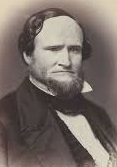
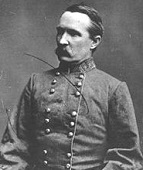
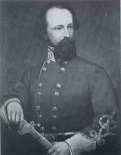
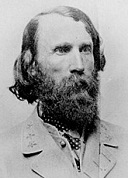

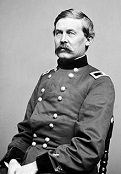

































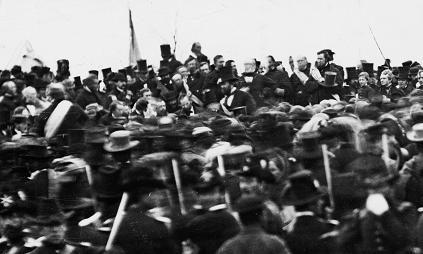




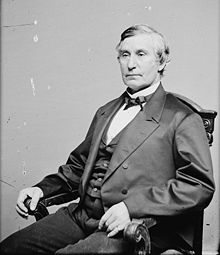







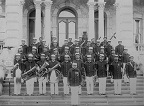




















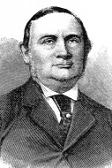


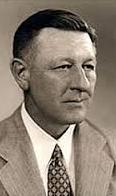

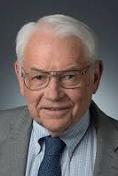
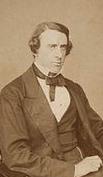



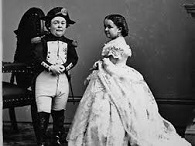
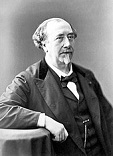




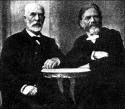

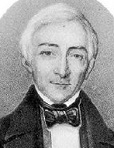
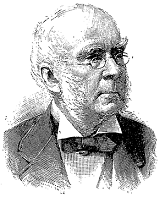

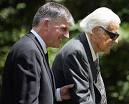
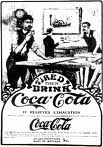
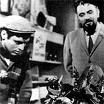
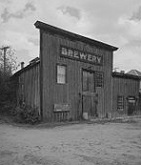
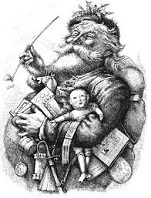


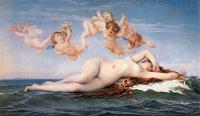




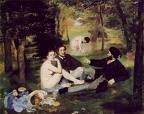




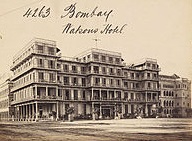
1863 The Fourth Cholera Pandemic of the 19th Cent. (ends 1879) begins in the Ganges Delta in India, spreading via Muslim pilgrims to Mecca, killing 30K-90K, then throughout the Middle East, Africa, Europe, and North Am. from port cities inland via waterways. On Jan. 1 (Thur.) Pres. Lincoln cites his war powers and signs the (second) Emancipation Proclamation, freeing slaves, but only those in states in "rebellion", i.e., the Confederacy, and (after being persuaded by Andrew Johnson) exempting Tenn. and the occupied parts of Va. and La., thus freeing no slaves behind the Union lines of the time (of course the Confed. states ignore it); meanwhile, 800K in Union states (Del., Md., Ky., Mo.) remain slaves, kissing massah's big black boots; the act urges slaves to abstain from violence except in self-defense, and proclaims that free blacks can now serve in the U.S. armed forces; still, it is a political success, and Henry Adams writes from the London embassy that it has caused "an almost convulsive reaction in our favour". On Jan. 1 the Confs. under Port Royal, Va.-born theatrical Gen. "Prince" John Bankhead Magruder (1807-71) recapture Galveston, Tex. On Jan. 1 the 112 km. Beirut-Damascus Road opens, becoming the first major road in the Middle East for wheeled traffic, shortening the journey from 3 days to 13 hours, and causing Beirut to become the main harbor for the E Mediterranean seaboard; the Jerusalem-Jaffa Road isn't opened until 1869, and there is not much wheeled traffic until 1914? On Jan. 9-11 the Battle of Arkansas Post eliminates Fort Hindman as an impediment to Union shipping on the Mississippi River. On Jan. 10 (Sat.) (6 a.m.) the London Underground opens, beginning with the Metropolitan Railway. On Jan. 10 Harper's Weekly pub. the article Negro Emancipation, containing an illustration showing two fully armed uniformed black Confederate soldiers acting as sentries. On Jan. 15 the Boston Morning Herald becomes the first U.S. newspaper to be printed on paper made from wood pulp instead of hemp. On Jan. 17 pasha (since 1854) Mohammad Sa'id (b. 1822) dies, and since his heir presumptive Ahmad Rifaat drowned in the Nile River in 1858, on Jan. 19 his nephew (Ibrahim Pasha's son) Ismail (Ismael) (Isma'il) Pasha the Magnificent (1830-95) becomes pasha of Egypt (until June 26, 1879), pursuing a rapid industrial-economic development and urbanization program , which is hampered by his personal profligacy, uttering the 1879 soundbyte: "My country is no longer in Africa; we are now a part of Europe. It is therefore natural for us to abandon our former ways and to adopt a new system adapted to our social conditions." On Jan. 20 Union Gen. Ambrose Burnside, needing to do something fast to restore his sagging rep. after the Dec. Battle of Fredericksburg begins his Mud March, crossing the Rappahannock River S of Fredericksburg in hopes of being in Richmond dancing on Lee's grave, only to encounter heavy rains which stop him by Jan. 22, pissing-off Pres. Lincoln, who on Jan. 26 replaces him as CIC of the Army of the Potomac with immodest-immoral Gen. Joseph "Fighting Joe" Hooker (1814-79) (known for supplying "hookers" to his men), who is quoted as saying that the country needs a dictator, causing Lincoln to respond "Only those generals who gain successes can set up dictators"; Hooker is assigned the command of the Dept. of the Ohio, where he begins moving against the Copperheads (Peace Dems.), shutting down the New York World, court-martialing and jailing Clement Laird Vallandingham of Ohio, and scoring other Vs for Big Abe which get him back in good - just call my name and I'll be around? On Jan. 22 after Poles resist conscription into the Russian army, the failed Jan. Uprising in the former Polish-Lithuanian Commonwealth begins in Poland (ends Jan. 1864), spreading to Lithuania, Latvia, Belarus, N Ukraine and W Russia by Feb. 1, with 40K-50K insurgents, many armed only with scythes taking on 180K-190K Russian troops, while hoping in vain for a rev. in Russia and/or support by Napoleon III in France, only to see Prussia make its railways available to Russian troops; on Feb. 3 the Battle of Wegrow (Wegrów) in E Masovia ("the Polish Thermopylae") sees 3.5K Poles, many wielding only scythes defend the recently liberated town of Wegrow from 1K Russians equipped with artillery, who surround them, causing 500 scythemen to bravely attack the Russian left to cover the retreat of the rest, most getting killed by infantry fire. On Jan. 29 the Bear River (Boa Ogoi) Massacre (Battle) in SE Washington Territory (Franklin County, Idaho) sees 200 Union soldiers under Col. Patrick Edward Connor stop a revolt by Shoshoni Indians by picking them off while swimming across a freezing river, followed by a massacre of women and children (200-400 total), for which Connor is appointed Brig. Gen. in command of the District of Utah, with HQ at Ft. Douglas. On Feb. 4 the Ottoman Imperial Bank is founded in conjunction with France and Britain as the Ottoman state bank (until 1924). On Feb. 4 New Granada changes its name to the United States of Colombia (in honor of Christopher you-know-who), and on May 8 adopts the liberal 1863 Colombian Constitution, deposing wannabe dictator pres. Tomas Cipriano de Mosquera, but he wiggles back in on May 14 (until Apr. 8, 1864). On Feb. 10 after refusing $15K from P.T. Barnum to delay it so he can arrange more publicity, 3'3" "General" Tom Thumb (Charles Sherwood Stratton) (1838-83) weds Lavinia Warren (1841-1919) in New York City's Grace Episcopal Church - don't ask? On Feb. 17 the Internat. Committee of the Red Cross (originally the Committee of the Five) is founded in Geneva by Swiss businessman-activist Jean Henri (Henry) Dunant (1828-1910), holding its first internat. conference on Oct. 26-29 attended by delegates from 13 nations, who adopt a set of resolutions leading to the 1864 Geneva Convention; in 1865 the Swedish Red Cross (Roda Korset) is founded in Stockholm, and on Sept. 22, 1865 the Norwegian Red Cross (Rode Kors) is founded in Kristiania (Oslo). Don't miss this - Andy Jackson would roll over in his grave? On Feb. 25 after urging by treasury secy. Salmon P. Chase, and taking advantage of the absence of Southern members, Congress passes the U.S. Nat. Currency Act, giving the U.S. a nat. bank again with the power to float federal war loans and establish a nat. currency; the act authorizes the granting of federal charters to banks that invest a third of their capital in U.S. securities, these banks then being allowed to issue notes up to 90% of the value of the bonds; the Office of the Comptroller of the Currency (OCC) is established as a bureau of the U.S. Treasury Dept. to charter, regulate, and supervise all nat. banks, with the power to issue standardized nat. bank notes based on U.S. bonds held by the banks; Sen. Finance Committee chmn. John Sherman declares that "The policy of the country ought to be to make everything national as far as possible"; Lincoln worries that "The wealth is aggregated in a few hands, and the republic is destroyed." On Feb. 24 he Arizona Organic Act, introduced by abolitionist U.S. Rep. (R-Ohio) (1859-69) James Mitchell Ashley (1824-96) sees the greedy U.S. Congress create the gold-rich Arizona Territory, consisting of all of New Mexico S of the 34th parallel (NE New Mexico has been incl. in the Colorado Territory), with slavery abolished, while leaving it intact in the portion remaining in New Mexico Territory. Don't miss this - Andy Jackson would roll over in his grave? On Feb. 25 after urging by treasury secy. Salmon P. Chase, and taking advantage of the absence of Southern members, Congress passes the U.S. Nat. Bank Act, giving the U.S. a nat. bank again with the power to float federal war loans and establish a nat. currency; the act authorizes the granting of federal charters to banks that invest a third of their capital in U.S. securities, these banks then being allowed to issue notes up to 90% of the value of the bonds; the Office of the Comptroller of the Currency (OCC) is established as a bureau of the U.S. Treasury Dept. to charter, regulate, and supervise all nat. banks, with the power to issue standardized nat. bank notes based on U.S. bonds held by the banks; Sen. Finance Committee chmn. John Sherman declares that "The policy of the country ought to be to make everything national as far as possible"; Lincoln worries that "the wealth is aggregated in a few hands, and the republic is destroyed". On Feb. 25 Pope Pius IX opens the Termini Railway Station in Rome across the street from the Baths of Diocletian (Lat. "thermae"), becoming Rome's main train station. On Mar. 2 the U.S. False Claims Act (Lincoln Law) is passed by Congress, allowing whistleblowers to sue federal contractors in the name of the U.S. govt. and collect a percentage of the recovery; sponsored by U.S. Sen. (R-Mich.) (1862-71) Jacob Merritt Howard (1805-71), who utters the soundbyte: "I have based the provision upon the old-fashioned idea of holding out a temptation, and 'setting a rogue to catch a rogue', which is the safest and most expeditious way I have ever discovered of bringing rogues to justice"; too bad, after the requirement of intent to defraud is eliminated in 1934 (but not materiality), it turns into a tool for the FBI and other federal agencies to institute Stalinesque show trials and get felony convictions just for lying to them, with Justice Ruth Bader Ginsburg uttering the 1998 soundbyte that the "extraordinary authority" the act "has conferred on prosecutors to manufacture crimes" can be abused to persecute people for nothing, because the act "may apply to encounters between agents and their targets under extremely informal circumstances which do not sufficiently alert the person interviewed to the danger that false statements may lead to a felony conviction... The suspect is not informed of the right to remain silent. Unlike proceedings in which a false statement can be prosecuted as perjury, there may be no oath, no pause to concentrate the speaker's mind on the importance of his or her answers." On Mar. 3 U.S. Pres. Lincoln founds the Nat. Academy of Sciences in Washington, D.C. On Mar. 3 Congress passes the U.S. Habeus Corpus Act, sponsored by U.S. Sen. (R-Mi.) (1862-71) finally authorizing the pres. to do what he had been doing anyway, but providing a safety valve that lets a grand jury let people out upon the taking of an oath of allegiance; a total of 14K arrests are made during the war, incl. prominent Copperhead Clement Laird Vallandigham (1820-71) of Dayton, Ohio for criticizing the arrests; he proves so embarrassing that Lincoln lets him out but banishes him behind Confed. lines, where later in the year he runs for gov. of Ohio in absentia, then slips back to Ohio in 1864, and is left alone at Lincoln's order because he embarrasses the Dems. more than the Repubs.? - if I only had a dollar for every song I sung? On Mar. 3 the U.S. Enrollment Act of Conscription is issued by Pres. Lincoln, calling for 300K men aged 20-45 to fight the war, but providing for a rich man's commutation upon a $300 payment (a year's wages for working men); "They offer to buy up white men for three hundred dollars each, about one-third of what a good negro is worth" (Peace Dems.); the Union draft produces only 46K conscripts along with 118K substitutes, about 6% of the Union force. Tell me again, I just want to be your friend? On Mar. 4 Congress creates the Territory of Idaho (having forgotten about the George M. Willing controversy?). On Mar. 29 a Constitution for the Armenian Community is issued by the Ottoman govt., providing them a 140-member assembly in Constantinople, which elects a religious and civil council, along with corresponding provincial councils; the effect is to encourage nationalism, which eventually backfires as the Muslims sharpen their scimitars for Christian neck? Who runs Greece, Bavaria, Britain, or Denmark? On Mar. 10 English prince of Wales Albert Edward (1841-1910) (later Edward VII) marries Princess Alexandra "Alix" of Denmark (1844-1925) (eldest daughter of Christian IX and aunt of Wilhelm II of Germany), going on to take over the burden of court and public functions from mourning Queen Vicky, and become known for extensive travels in France, Russia et al. along with his interest in yachting and horse racing; she goes on to become a trendsetter in fashion and unsuccessfully attempt to sway public opinion in favor of Greece and Denmark, going on to become the longest holder of the title of princess of Wales (38 years); they have two sons, slow-witted Prince Albert Victor Christian Edward "Eddy", Duke of Clarence and Avondale (1864-92) (who becomes infected with syphilis, driving him insane, and is later suspected of being Jack the Ripper) and Duke George Frederick Ernest Albert of York (1865-1936) (George V), and three daughters, Louise (b. 1867), Victoria (b. 1868), and Princess Maude Charlotte Mary Victoria (1869-1938) (who later marries Haakon VII of Norway); on June 6 after the British govt. rejects an offer for Victoria's 2nd son Prince Alfred and nominates Prince William George, 2nd son of Christian IX of Denmark, he is crowned King George I (1845-1919) of Greece (until 1913), and Britain shows its approval by ceding the Ionian Islands (a British protectorate since 1815). It's court-packing time once again at the Washington Zoo? On Mar. 10 after Congress changes the number of justices to 10 to make double sure it's packed against any rebel sympathizers, Haddam, Conn.-born Unionist Dem. (chief justice #5 of Calif since Sept. 20, 1859) Stephen Johnson Field (1816-99), brother of cable man Cyrus W. Field and law reformer David Dudley Field Jr. becomes justice #38 (until Dec. 1, 1897). On Mar. 29 Gen. Grant begins his Second Vicksburg Campaign; the Union fleet passes Vicksburg's river defenses on Apr. 16, looking for an invasion point downstream, and finding it at Buinsburg and Grand Gulf near the mouth of the Big Black, er, River; Grant then decides to forget supply lines and live off the country, heading E to Jackson, Miss. In the spring the Union gunboat USS Albatross fires on St. Francisville, La. from the Mississippi River off Bayou Sara, and on June 11 gravely ill (fever) Capt. Lt. Cmdr. John Elliot Hart (b. 1820) shoots himself to death; being a Freemason, three of his officers are permitted to come ashore under a flag of truce to bury him by Confed. Capt. William W. Leake, who comments, "As a Mason, I know it to be my duty to accord Masonic burial to the remains of a Brother Mason, without taking into account the nature of his relationship to the outer world", becoming "the Yankee grave that Dixie decorates". In Mar. after the entrance of barbarians into Japan and their humiliating Unequal Treaties piss off the pop., causing them to commit acts of violence, backed by the Sonno Joi ("Revere the emperor and expel the barbarians") movement, emperor Komei issues an order to expel the barbarians; too bad, shogun Iyemochi, who is in bed with the Westerners to modernize his military won't enforce it, and when the pro-imperialists begin attacking the shogunate, he forms the Shinsengumi ("New Recruits"), an army of 234 ronin samurai led by Kondo Isami (1834-68), Kiyokawa Hachiro (1830-63) et al. for his protection as a police force; they get to wear cool outfits, becoming renowned for preventing Kyoto from burning down next year, although they have a dark side and are also known as the Wolves. On Apr. 3 there is a bread riot in Richmond, Va., which ends only after Pres. Davis personally persuades the mob of mainly women to disperse. On Apr. 9 Pedro Diez Canseco Corbacho (1815-93) becomes pres. of Peru, but loses elections on Aug. 5 to vice-pres. Juan Antonio Pezet Rodriguez (1809-79), who becomes pres. of Peru (until Apr. 25, 1865); meanwhile Spain seizes the guano-rich Chincha Islands, beginning the Chincha Islands War (ends 1866). On Apr. 23 Mirza Husayn ali Nuri proclaims himself Baha'ullah (Baha Allah) (1817-92) (Arab. "splendor of God"), the Manifestation of God, founding the universal egalitarian brotherhood Baha'i Faith in Persia (Iran); he spends the rest of his life in prison or exile in Acre, while Haifa, Palestine becomes the world center. On Apr. 30 the Battle of Camaron (Camarón) sees 65 French Foreign Legionnaires hold off 1K+ Mexican troops in Camaron de Tejeda, 50 mi. SW of Veracruz, Mexico, making the Legion's rep. In Apr. the Confed. Congress passes a 10% tax in kind on all agricultural products, which outrages farmers and planters, and is widely evaded, forcing the war to be financed by treasury notes (66%) and bonds (33%). In Apr. Gen. Hooker crosses the Rappahannock River with 130K troops, the largest Union army ever; on May 1-5 the Confederates win a great V at the Battle of Chancellorsville in Va., sending 39-y.-o. Gen. Thomas Jonathan "Old Jack" "Stonewall" Jackson (1824-63) with half of Lee's men on a long march around the enemy's exposed right flank after the cavalry of his nephew Fitzhugh Lee (1835-1905) scout the Union flank and find it "in the air", surprising them in the Wilderness on the evening of May 2; too bad, Jackson is mistakenly fired on by his own N.C. regiment troops at 9 p.m. on May 2 while returning from a reconnaissance in the dense Wilderness looking for a way to attack the rear of the Union forces; his left arm is amputated by surgeons and he is moved 24 mi. to a plantation at Guiney's Station, where he contracts pneumonia and dies at 3:30 p.m. on May 10 ("I have always desired to die on Sunday"), his last words being, "Let us cross over the river and rest under the shade of the trees"; "He has lost his left arm, I have lost my right arm", says Lee; on May 3 Gen. Stuart holds Hooker's troops at bay while Lee forces them back across the Rappahannock River; meanwhile on May 6 attacks by Confederates under Gen. J.E.B. Stuart, Gen. Jubal Anderson "Old Jube" Early (1816-94), and Gen. Robert E. Lee cause Gen. Hooker to withdraw and try to explain it to a fuming Lincoln; all this is a paper V for Lee, but it costs the rebels 12K casualties and 1.6K dead that they can't afford in their gangsters' paradise; former Pres. Buchanan admin. treasury secy. John Adams Dix (1798-1879), now a U.S. Maj. Gen. is given command of the military Dept. of the East. In Apr. Falmouth, Va.-born ex-Unitarian minister Moncure Daniel Conway (Gael. "holy river") (1832-1907) is sent by fellow abolitionists to London, England to convince them not to support the Confederacy because the war is primarily being fought for abolition, and after befriending Thomas Carlyle, Robert Browning et al. he approaches Confed. rep. to Britain (1861-5) James Murray Mason (1798-1871) with an offer "on behalf of the leading antislavery men of America" of full withdrawal of support for further prosecution of the war in exchange for immediate emancipation of all slaves in the Confederacy, which Mason publicly rejects, pissing-off his sponsors, who angrily and speedily withdraw support, causing him to apologize to U.S. minister to England (1861-8) Charles Francis Adams Sr. (1807-86) (John Quincy Adams' son) that he's not a traitor, and after becoming persona non grata in the U.S. he travels to Venice, Italy to reunite with his family, after which he becomes minister to the Freethinking South Place Chapel (later South Place Ethical Society) in London, becoming friends with Annie Besant, Algernon Charles Swinburne, the Rossettis et al., staying for 17 years; he continues to stay away from U.S. until 1897 when his dying wife Ellen (daughter of Charles Dana) requests the right to die on Am. soil (New York City), after which he lives the rest of his life in France; meanwhile Adams convinces the British govt. to seize two steam ironclad ram warships from the shipping firm of Lairds that were meant to be used by the Confederates to break the Union blockade, although he fails to prevent the sailing of the Alabama; after this, the Brits are more diligent in stopping the building of ships for the Confederacy. On May 1 Grant's forces defeat the Confederates at the Battle of Port Gibson, and again on May 14 at the Battle of Jackson, cutting the Confed. defenders of Vicksburg in two; on May 16 the Battle of Champion's Hill (Baker's Creek) is the most important of the war so far, and the Union wins, opening their path to Vicksburg, Miss., (did I say the Gibraltar of the Confederacy?), one of the last two rebel strongholds on the Mississippi (along with Port Hudson, La.), while pinning the 30K men of Lt. Gen. John Clifford Pemberton (1841-81) inside Vicksburg, where they proceed to hole-up in caves and slowly starve, jerking, er, eating mule jerky; Jackson is razed, causing it to become known as Chimneyville. On May 13 black S.C.-born pilot Robert Smalls (1839-1915) hijacks the fully-armed Confed. gunboat Planter and sails his family through Charleston Harbor to join the Union fleet, giving them stolen Union maps and plans, winning a $1.5K reward from Congress and proving that blacks don't want to stay slaves and will fight for it, convincing Congress to allow blacks to serve in the Union Army and assisting the 5K-man 1st South Carolina Volunteers; after becoming a naval hero and becoming the first capt. of a U.S. navy vessel, Smalls becomes a Repub. congressman and author of the S.C. constitution, and big black hero, causing the whites to later attempt to cover him up in the history books; in 1863 Ft. Robert Smalls is built by free blacks at the mouth of Becks Run in Arlington Heights near Pittsburgh, Penn.; in 2004 USS Robert Smalls is launched, becoming the first U.S. Army ship named after an African-Am.; the Mass. 54th Regiment under Harvard grad. Col. Robert Gould Shaw (1837-63), son of a prominent abolitionist becomes the first Union all-Negro army unit, followed by regiments in R.I. and other states; the stress must have gotten to him, because Lincoln comes down with varioloid, a mild form of smallpox. On May 13 Radama II (b. 1829) is assassinated (strangled) (suicide?) (survives?), and his widow, queen Rasoaherina (Rabuda) (1814-68) becomes puppet ruler of Madagascar (until Apr. 1, 1868) behind PM and coup leaders Rainilaiarivony (1828-96) and his brother Rainivoninahitriniony (-1868), who rule behind puppet queens for the next 32 years (until 1895), marrying them as a, er, cover story; Rasoaherina establishes diplomatic relations with France, Britain and the U.S. and prohibits Sunday markets. On May 23 the Gen. German Workers' Assoc. (Allgemeiner Deutscher Arbeiterverein) (ADAV) is founded by German Jewish Socialist Ferdinand Lassalle (1825-64), who broke ranks with Marx and Engels in his desire for what-the-world-needs-now-is State Socialism, where the "iron law of wages" of brutal Capitalism is broken, and the "full products of their labor" secured by the govt. in a state with worker cooperatives and universal suffrage; by 1869 after it is torn apart by fights between dems. and Socialists, and evolves into the German Social Dem. Party - the magical cleaning power draws dirt out, and the smell of freshness draws them in? On May 26 Afghan emir (since 1826) Dost Mohammed (b. 1793) of Afgahistan takes Herat from Iran, then dies on June 9, and his son Shir (Sher) Ali Khan (1825-79) succeeds as emir of Afghanistan (until 1866), with his several half-brothers opposing him. In May a new official Confed. States of Am. Flag is adopted by the Confed. Congress at Richmond, Va.; white with the Beauregard battle flag. Say hey, we gotta do our part? In May the U.S. War Dept. authorizes general recruitment of blacks from the entire country, signaling a transformation of the war from merely one of preserving the Union to a deliberate overthrow of the Southern slave society, their worst nightmare?; "Hello, Massa, bottom rail on top now." In May Lee's 75K man Confed. army invades the North to take pressure off Vicksburg, moving into the Shenandoah Valley and then turning N into Md. and crossing the Potomac River on June 24; Gen. Hooker follows, keeping himself between them and Washington, D.C., but is demoralized, misled by exaggerated reports of enemy strength, and resigns on June 28, being replaced as cmdr. of the Army of the Potomac by Maj. Gen. George Gordon "Old Pills" Meade (1815-72). In May a group of prospectors discover gold near Alder Creek in Mont., founding the town of Virginia City, Mont. on June 16 (originally Verina, named after Jefferson Davis' wife Varina Howell Davis until pro-Union Conn. judge G.G. Bissell renames to Virginia City); too bad, the newfound wealth leads to road agents (highway robbers), who kill 100+ in the fall, causing the Mont. Vigilantes to be formed in Dec., hanging 15 road agents by Jan. 1864; on May 26, 1864 Mont. Territory is organized out of Idaho Territory, with capital moved from Bannack to Virginia City on Feb. 7, 1865 (until Apr. 19, 1875); meanwhile in 1863 Virginia Brewery is founded in Virginia City, Mont. by Thomas Smith, becoming the first brewery in Mont.; in 1866 he sells-out to Berks County, Penn.-born miner Henry S. Gilbert (1833-1902) and German-born brewer Christopher Richter (1834-99), who rename it Gilbert and Richter Brewing Co.; in 1872 Richter sells-out, and it is renamed H.W. Gilbert Brewing Co.; in 1904 it becomes Gilbert Brewing Co., closing for Prohibition then reopening on Dec. 11, 1934, and closing in 1974. On June 1 Gen. Ambrose Burnside orders the suppression of the anti-Lincoln Chicago Tribune. On June 7 French troops capture Mexico City, causing Benito Juarez to move his capital to the N and continue resistance; on July 10 a new Roman Catholic empire is proclaimed, and the crown is offered to erzherzog (archduke) Ferdinand Maximilian Joseph (1832-67), son of HRE Franz Josef, and an accomplished scientist, who becomes Maximilian I, the last emperor of Mexico, sitting on the Cactus Throne as the Cactus Emperor, with his wife Carlotta (Charlotte of Belgium) (1840-1927) as empress (until 1867). On June 9 10K Confed. cavalry under Gen. J.E.B. Stuart defeat the Union cavalry under Gens. Pleasanton and Buford at the Second Battle of Brandy Station (Beverly's Ford). On June 20 "Mountain State" West Virginia (W. Va.) is admitted as the 35th U.S. (free) state (the only state completely set in the Appalachian Mts.), with capital at Wheeling (until 1870, then 1875-85); on July 4 Congress adopts a new U.S. flag (design #17) with 35 stars to incl. it. In June white-is-right Pres. Lincoln issues an order authorizing British colonial agent John Hodge to recruit freed slaves to emigrate to modern-day Guyana and Belize; he also considers sending freed slaves to construct the Panama Canal; next year Congress votes to end funding for the colonization plan. The country where they say fah-jah and mean dad did what? On July 1 Netherlands becomes the last Euro nation to abolish slavery, freeing the African slaves on the plantations in Suriname; starting in 1870 laborers are imported from British India and the Dutch East Indies. Vicks Vapo-Rub doesn't cure the cold? Four score and ten years minus three since the DOI, and wouldn't you know it, not a piano in sight, and Lincoln's wife has a closet with 300 pairs of shoes she purchased in 4 mo., while 10K white men die in three days looking for shitty shoes? On July 1-3 (Wed.-Fri.) the Battle of Gettysburg in S Penn. just over the Md. border (75K Confed. soldiers vs. 90K Union soldiers) begins by accident when on June 30 barefoot Confed. soldiers of Brig. Gen. James Johnston Pettigrew (1828-63)'s Tar Heels Brigade of N.C., the strongest in the Third Corps of Lt. Gen. Ambrose Powell "A.P." Hill Jr. (1825-65), under the command of Maj. Gen. Henry "Harry" Heth (1825-99) (cousin of George Pickett) head toward the farming town of Gettysburg, Penn. to capture shoes (brogans) and encounter Union cavalry under Brig. Gen. John Buford Jr. (1826-63) on McPherson Ridge, who make a stand, causing them to retreat, only to be ordered by Gens. Heth and A.P. Hill to return and go for the shoes the next morning (July 1), meeting the Iron (Black Hats) (King's Wisconsin) Brigade, who fall back by the end of the day after they "cut to pieces" Pettigrew's Tar Heels (40% casualties) and wound Heth, causing the main force of 75K Confeds. to converge on that point W of town, ending Gen. Robert E. Lee's original plan of reaching Harrisburg before circling to Washington, D.C., but not dampening his hopes of ending the war fast by a decisive V over the Union army; too bad, Lee's cavalry under Gen. James Ewell Brown "Jeb" Stuart (1833-64) is 12 mi. to the S capturing enemy supplies, hampering Lee badly; Lee implements Morse Code using wig-wag flags to signal troops; Gen. Meade having already selected Double Pipe Creek (between Baltimore and Taneytown Roads, 12 mi. to the S) for his stand, his troops end up coming in from the SE, while Lee's come in from the NW; at 5 a.m. on July 1 Confed. troops advance on the Chambersburg Pike and take position at Herr's Ridge, while Union troops post themselves on a ridge marked by Stone Ave., gaining the higher ground even though pushed out of the town into Meade's Fishhook S of Gettysburg, which incl. the famous white-on-white killing grounds Seminary Ridge (home of a Lutheran seminary), Cemetery Ridge, Cemetery Hill, Culp's Hill 0.75 mi. S of Gettysburg (barb of Meade's Fishhook on the extreme R of the Union line guarding Baltimore Pike, the main Union supply line), the Wheatfield, the Peach Orchard, Devil's Den (becoming infamous for staged photos of dead Union soldiers taken 5 mo. later), Big Round Top, and Little Round Top; Union Brig. Gen. Robert Ogden Tyler (1831-74), cmdr. of the artillery reserve of the Army of the Potomac helps the Union win by attrition; troops from slavery-state Md. are split between both sides; Md. Maj. James Wallace is the only Union officer who owns slaves; on July 1 (10:00 a.m.) the tough 420-man Wisc. Westerners (Iron Brigade) of Lt. Col. Rufus Dawes (1839-) (great-grandson of William Dawes, who rode with Paul Revere, and father of future U.S. vice-pres. Charles Gates Dawes) skirmish with 800 Confed. recon troops 1 mi. W of Gettysburg, who flee until they encounter a 600-ft. railroad cut and make a stand, pouring withering fire on the Westerners, which doesn't stop them, losing 1 man/yd. (plus 10 men trying to defend the Stars and Stripes) until they capture the rebel flag after 20 min., with 600 Confed. casualties vs. 200 Union casualties (50%), then deploying on Culp's Hill to the N and erecting earthen breastworks reinforced by rocks and fallen logs; at 5:00 p.m. Confed. troops under Lt. Gen. ("Old Bald Head") Richard Stoddert "Dick" Ewell (1817-72) (Stonewall Jackson's replacement, who lost his left leg at 2nd Bull Run to the Iron Brigade) take Gettysburg from the Union 11th Corps, who suffer 9K casualties, causing residents (esp. blacks) to flee or hide in the bank vault; at the end of the 1st day's fighting between 28K Confeds. and 20K Yankees, Gen. James Longstreet tells Gen. Lee that his troops should be placed at Meade's left, forcing him to take the offensive, since his army would then be the only thing blocking a direct route to Washington, D.C. (where they could hang Lincoln and win the war), but Lee replies "No, the enemy is there and I am going to attack him", and formulates the fatal plan to go through the center. On July 2 (Thur.) First Lady Mary Todd Lincoln overturns in her carriage while returning to Washington, D.C. from the soldiers' home, and hits her head on a rock, being bedridden for three weeks and suffering from headaches permanently; the seat had been loosened in an attempt to kill her hubby? On July 2 21K Confed. troops assault Meade's Fishhook, intending to score a knockout punch, but because of lack of cavalry take too long to get into position, giving the Union time to gather reinforcements; too bad, wealthy politically-connected Union gen. Daniel Edgar "Dan" Sickles (1819-1914) (who got acquitted for killing his wife with the first plea of temporary insanity in U.S. history, and used his wealth and power to gather his own regiment) disobeys orders to dig his III Corps into defensive positions at the S end of Cemetery Ridge (N of Little Round Top) and marches them out almost 1 mi., leaving them exposed to an assault which could cut the Union lines in half; Gen. Lee makes the boo-boo of assembling his men under Confed. Gen. James Longstreet and Gen. Lafayette McLaws (1821-97) too slow, losing the element of surprise, attacking at 4:30 p.m.; at 6:00 p.m. after being held back for 90 min., Miss. Confed. Gen. William Barksdale (1821-63) attacks with 1.6K men, racing towards Sickle's position in an all-out power drive; Sickles loses his leg to a cannonball ("bad news for Sickles but good news for the Union" - a Union soldier), after which he grins and puffs a big cigar as he is carried away on a stretcher, heading straight back to Washington, D.C. (bringing news of a Union V and running his own spin control), after which Bartsdale's troops break through Sickle's line at 7:00 p.m., and approach Cemetery Ridge, where they are blasted by 20+ Union cannon, and Bartsdale is wounded in the left leg, refusing to leave the field and leading the attack, which doesn't keep the Union from stopping them by 7:30 p.m. after Meade sends 8K fresh reinforcements from Culp's Hill, who surprise them by shooting through the bushes; 50% of Bartsdale's brigade become casualties, and Bartsdale is KIA; only 1.4K Union soldiers under Maj. Rufus Dawes remain on Culp's Hill; "The best three hours fighting ever done by any troops on any battlefield" (Gen. Longstreet), with 16K casualties on both sides; at 8:00 p.m. 4.5K Confeds. make a surprise charge on Culp's Hill, which is filled with large rocks, getting bloodied by fierce fire and hitting their own men because of the darkness until they give up, missing their big chance to capture Baltimore Pike 500 yds. away and cut the main Union communications and supply line, forcing a Union retreat. On July 2 Gen. Lee, seeing the Union left ending in a gap well short of the commanding ground of Little Round Top orders assaults to flank the Union army, but Maine college prof. Lt. Col. Joshua Lawrence (nee Lawrence Joshua) Chamberlain (1828-1914) of the 20th Maine steps up and becomes a Union hero, weathering a fierce uphill attack led by Ala. Confed. Gen. William Calvin Oates (1835-1910) (future U.S. rep. and Ala. gov.), until they all run out of ammo, then charging down on them with bayonets and forcing the dumb rebels to surrender "without enough ammo left to kill a rabbit" (Shelby Foote); Col. Patrick Henry O'Rorke (b. 1836), top West Point graduate of 1861 leads two regiments to support the 20th Maine, and is KIA; Union Brig. Gen. Stephen Hinsdale Weed of N.Y. is KIA defending Little Round Top; Lt. Ranald Slidell Mackenzie (1840-89), top West Point graduate of 1862 (son of disgraced naval cmdr. Alexander Slidell Mackenzie, and nephew of Confed. diplomat John Slidell of Trent Affair infamy, all of which slows down his career, called by Gen. Grant the most promising in the Union army, and makes him grow bitter when dumbos like George Custer, bottom of the 1861 class becomes a brig.-gen.) leads a div. which saves the Union left, getting a promotion to brevet Col. with command of the 2nd Conn. Heavy Artillery, going on to earn the name "Perpetual Punisher" from his harsh discipline. On July 2 by nightfall (9:00 p.m.) the troops of Gen. Dick Ewell are arrayed to the N of the town, the troops of Gens. Lee, Hill, Pickett, and Longstreet to the NW along Seminary Ridge and to the extreme W, where there is 1 mi. of open ground to Gen. Meade's position at Cemetery Ridge; Gen. Meade is shaken by the near Confed. V. On July 2 Confed. Gen. John Hunt "Thunderbolt" Morgan (1825-64) begins Morgan's Great Raid of 2.4K howlin' rebel cavalry from Tenn. over the Ohio River into Ky., Ind., and Ohio in an attempt to distract Union gen. William Rosencrans, who is heading for Chattanooga, Tenn., becoming the farthest N penetration for the Confeds.; too bad, he is captured on July 26 in Salineville, Ohio, and only 400 of his men make it back to the South; on Nov. 26 Morgan and his men tunnel out of the new Ohio State Penn., becoming a propaganda V for the South, although he is never trusted again by the Confed. high command, and ends up getting a new force of loser cavalry who fall to pillaging, getting him investigated for criminal banditry before being KIA next Sept. 4. On July 2 Japanese shogun Iyemochi negotiates aboard the French warship Semiramis over the Kanagawa Incident of last Sept., apologizing and paying the British authorities £10K; too bad, the offending Satusuma Province refuses to pay their £25K fine or cough up the two samurai who did the killing, causing the pissed-off Brits to seize three foreign-built Satsuma warships worth 10x as much, then burn them after being fired upon by artillery, going on to fire on the Kagashima coast, burning 500 houses (5%) and killing five Japanese, while losing 11 of their own, incl. Capt. Josling of the 35-gun flagship Euryalus and his 2nd-in-command Cmdr. Wilmot (beheaded by the same cannonball), until the Brits retreat under Japanese cannonfire, causing the Japanese to claim a V, although the £25K fine is later paid; future Father of the Japanese Imperial Navy Togo Heihachiro (1848-1934) mans one of the port cannons, later claiming that the humiliation of it all launched his career; ironically the incident increases British ties with Satsuma, who goes on to modernize militarily with their help, then back the emperor against the shogunate, which the Brits like because the shogun is too much in bed with the French. The White Wheat Field of Shock and Awe? The supreme moment in white history, the bloodiest battle in U.S. history, when the inexorable tide of racial amalgamation could have been reversed and America and then the whole world made whiter than Cheer, Clorox, Tide, and Reddi-Wip, the moment every white supremacist wishes they could have back, or, Couldn't they have dispersed and crawled, walked their artillery along with them, gone at night, anything but the way they did it, which made them into cannon target practice and gave the war away? On July 3 (Fri.) the Confeds. attack Culp's Hill again, causing the Union to send reinforcements to save it, changing the odds from 1-3 to 3-1 and holding it, leaving Gen. Lee only one option; at 1 p.m. in order to give them a "foot on fire" (Napoleon), 160 Confed. cannon on Seminary Ridge along a 2-mi. line begin a 2-hour bombardment (largest artillery barrage in the Western Hemisphere until ?, which can be heard in Harrisburg, Penn. 40 mi. away) of the position of Union Gen. Winfield Scott Hancock (1824-86) behind a low stone wall on Cemetery Ridge in the Union center (manned by the Union 2nd Corps, composed of troops from 11 states incl. fresh reserve troops) (he should have destroyed the stone wall or called it off?); at 3 p.m. after the Union purposely silences their 100+ cannon to fool Lee into thinking that it's safe to send in his 12K troops, Maj. Gen. George Edward Pickett (1825-75), a "tall arrow of a man, with his auburn hair flying as he galloped his horse" (bottom of his West Point class, who studied law in his youth in Quincy, Ill., and knew Lincoln in Springfield) leads Longstreet's 14K fresh Virginians with three brig. gens. (incl. Lewis Armistead of N.C.) into the disastrous Pickett's Charge (the turning-point defeat for the South), shouting "Up and to your posts, and don't forget that you come from Old Virginia", marching the flower of the Confederacy in broad daylight across a 1.7K-yd. cornfield in close ranks while the Union guns easily kill one or more with every shot of their cannons, which are well supplied with exploding shells and shrapnel shells; within 20 min. 7K+ are KIA, while the Confeds. are still out of musket range; some cannon balls are aimed to bounce in front of the Confed. lines and mow them down like bowling balls; "You could mark the path that they took by the dead that they left behind,/ Spilled from that deadly march as a cart spills meal on a road" (Stephen Vincent Benet); the blue Va. flag keeps moving, and by the time Pickett's men reach the ridge, torn apart with canister fire (tin cans packed with 28 iron balls, which dismember them as well as kill them, demoralizing the living), they are down to 5K, finally overrunning three Union cannons and almost cutting the Union lines in two; Union Col. Alonzo Hersford Cushing (b. 1841) fires his last cannon while holding his guts in his hand, then falls, and Confed. Gen. Lewis Addison "Lo" Armistead (b. 1817) (cmdr. of Unit K) waves his hat on his sword and yells "Give 'em the steel", leaps the stone wall at the main objective called The (Bloody) Angle, turns the cannon around, then leads a charge of the remaining several hundred men, getting shot 3x while trying to plant the Stars and Bars, while his men are overwhelmed by a Union counterattack, becoming the farthest penetration of the rebels, the "High Water Mark of the Confederacy" before they break and begin retreating; on Sept. 15, 2014 Cushing is finally awarded a Medal of Honor; after he makes the secret Mason sign, fellow Mason, Union Capt. Henry Harrison Bingham (1841-1912) renders aid to Armistead and receives his personal effects incl. a personal Bible he requests to be sent to his pre-war buddy Gen. Winfield Scott Hancock, who is wounded; as the few straggling survivors return from the gray-strewn battlefield, the Yanks quit firing and begin cheering and taunting them with cries of "Fredericksburg!", Lee mutters "All this has been my fault", then orders Pickett to regroup his 4.5K-man div. (of which 75% were lost) to repulse a possible counterattack, to which Pickett utters the immortal soundbyte "General Lee, I have no division now" (later, "That old man had my division slaughtered", becoming bitter about it for life); Gen. Meade refrains from counterattacking to avoid turning a V into a D; the 3-day battle between 90K Union and 75K Confed. troops results in 10K KIA and 41K wounded, and 5K Confed. POWs taken, becoming the bloodiest battle of the U.S. Civil War, insuring an ultimate Union V; dead Union soldier Amos Humiston (b. 1830) (KIA on July 1) is found in Gettysburg by a girl clutching a photo of his three children, becoming the celebrated Unknown Soldier until he is identified 4 mo. later. On July 4 (Sat.) it rains, and Lee's army, down to two-thirds of its original size is allowed to pick up the pieces and retreat S to Va. by Gen. Meade, crossing into Va. in a 6-mi.-long train on July 13; Pres. Lincoln fumes at this lost chance to finish the war, but retains Meade. On July 4 the Confed. Army of the Trans-Mississippi in Ark. under Lt. Gen. Theophilus H. Holmes (1804-80) attacks Helena, Ark. to relieve pressure on Vicksburg, Miss., and withdraws after 173 Confeds. are KIA and 687 are wounded; meanwhile on July 4 Vicksburg surrenders just as beaten Gen. Lee is dragging his tail out of Gettysburg, splitting the Confederacy in two and placing the crucial waterways of the Mississippi under Union control; on Aug. 26 Lincoln writes a Public Letter to James C. Conkling, containing the soundbyte about the Mississippi River: "The Father of Waters goes unvexed to the sea"; Vicksburg vet William Tecumseh Sherman is made brig. gen. of the regular U.S. Army; Sherman's brother-in-law Charles Ewing (1835-93) (one of the three Ewing brothers, who all make gen. during the war) plants the Confed. flag on the parapet of the Confed. fort, and is severely wounded, receiving a promotion from Capt. to maj., and later brig. gen.; Vicksburg vet Walter Quintin Gresham (1832-95), Col. of the 53rd Ind. Infantry is made brig. gen. in command of the Union forces at Natchez, Miss., which later brags that its only Confed. casualty is an elderly man who has a heart attack after a Union gunboat fires a blank to salute Union troops at Ft. Rosalie; Union Maj. Gen. John Alexander Logan (1826-86) becomes military cmdr. of occupied Vicksburg; Confed. Lt. Gen. John Clifford Pemberton is exchanged and returns to duty, voluntary accepting a demotion to Lt. col.; Union Brig. Gen. John McClernand (1812-1900) from S Ill. (home of a lot of pro-South Dems.) publicly blames high Union casualties on Grant's failure to send reinforcements, causing him to be reappointed to the Red River Campaign, after which he contracts malaria and resigns - Lee had hoped by his raid of the North to take the pressure off what? On July 4 Ft. Boise 110 mi. N of the modern-day Nev. border and 41 mi. E of the modern-day Ore. border on the Boise River on the Oregon Trail and a major road to to Boise Basin and Owyhee 50 mi. E of the old Hudson's Bay Co. fort is founded, spawning the city of Boise, Idaho (Fr. "Le bois" = the woods) (modern-day pop. 205K/664K), becoming the largest city in the NW U.S. On July 8 Port Hudson, the last remaining Confed. stronghold on the Mississippi River (sieged since May 21) surrenders; too bad, Union Brig. Gen. Neal S. Dow (1804-97) (prohibition mayor of Portland, Maine in the 1850s) is captured, and spends 8 mo. as a POW. On July 11 a draft lottery is announced in New York City, followed on July 12 by the first roll of draftees published alongside the roll of the dead at Gettysburg, sparking the poor and working class (half of the 1M pop.) (mostly Irish immigrants), incensed at wealthy Repub. Protestants trying to send them to die for black slaves who will end up stealing their jobs, to take it out on them all fiercely in the New York City Draft Riots on July 13-16, becoming the worst riots in U.S. history (until ?), four days of looting, arson, lynching and murder killing 105 (official) (more like 500?) and injuring 2K+, and forcing thousands of blacks to flee the collapsing city; on July 16 tired Union troops from Gettysburg end the and restore order; $2M in property is destroyed; a cent. of repression of blacks and harsh treatment of labor protests follows - the pig cannot come in but the animal we'll take? On July 13 Pres. Lincoln writes a letter to Gen. Grant, congratulating him for capturing Vicksburg, Miss., with the soundbyte: "I now wish to make the personal acknowledgment that you were right, and I was wrong." In mid-July Woodford County, Ill.-born former Gladdenite Granville Hedrick (1814-81) of Crow Creek, Ill. is ordained as apostle of the new Church of Christ (Temple Lot) (Hedrickites), immediately producing revelations that Joseph Smith Jr. was a victim of pride that led him to introduce false doctrines, incl. the creation of a church pres. and the First Presidency, making him a "fallen prophet", correcting him by decreeing that the church is to be headed only by a presiding elder (until 1925); the church goes on to chuck plural and celestial marriage, exaltation and plurality of gods, tithing, and the high priesthood; on Apr. 24, 1864 Hedrick produces a revelation instructing followers to move back to Independence, Mo. in 1867, which about 60 do in Feb. 1867, becoming the first group of returnees after the 1838 Mo. Extermination Order, acquiring the Temple Lot, which Smith and Sidney Rigdon had dedicated in 1831 as the future location of the temple HQ of New Jerusalem, later discovering the buried marker stones they left there; on Aug. 6, 1892 the Reorganized Church of Latter Day Saints files a lawsuit in the U.S. District Court for Mo., claiming the Temple Lot on the basis that they are the rightful successor of Smith's church, winning in Mar. 1894 only to see the appeals court dismiss the case, leaving title with the Hedrickites. On July 17 the Battle of Honey Springs (Elk Creek) 4.5 mi. NE of modern-day Checotah, Okla. and 15 mi. S of Muskogee, Okla., and 20 mi. SW of Fort Gibson is a V for 3K Union forces over 6K Confed. forces of the 1st Brigade of Native Am. troops, helping them gain control of Indian Territory; African-Am. and Native Am. troops outnumber white troops. On July 18 the all-black 54th Mass. Volunteers (Colored Infantry) under Col. Robert Gould Shaw (b. 1837) charge the massive earthworks of Ft. Wagner outside Charleston, S.C., losing almost half the regiment, incl. Shaw, whose body is stripped by the Confederates and thrown into a ditch filled with his slain men; Sgt. William Harvey Carney (1840-1908) becomes the first African-Am. to receive the Medal of Honor 36 years later for retrieving the colors from the regiment's slain flag-bearer and carrying them safely to the rear despite being shot in the head, chest, arm and leg (the first of 23 blacks to win the MOH); "Through the cannon smoke of the dark night the manhood of the colored race shines before many eyes that would not see" (Atlantic Monthly); Union Adm. Samuel Francis Dupont (1803-65) leads a Union naval attack on the city, which is repulsed with great losses, and when he is ordered to attack again he balks on grounds of insufficient forces, causing him to be relieved of command and retired from active duty; since white is right, in 1882 the U.S. Congress commemorates his name, and Du Pont Circle in Washington, D.C. is named after him, with a statue of him erected there. In July after N.M. district military gov. Gen. James H. Carlton tells 18 Navajo chiefs that they must surrender by July 20 and move to Ft. Sumner in SE N.M., the U.S. Army, led by Kit Carson begins a campaign against the Navajos using the first written U.S. Army scorched earth policy, starving them into submission by next Jan. in order to relocate them to a Rez on junk land on the Pecos River. In July after the fall of Vicksburg, Union gen. Hugh Boyle Ewing destroys the Fleetwood Plantation of Confed. pres. Jefferson Davis, and discovers his personal correspondence, which exposes ex-U.S. pres. Franklin Pierce as a double-talker, exposing him as writing in 1860 about "the madness of northern abolitionism", and stating that he would "never justify, sustain, or in any way or to any extend uphold this cruel, heartless, aimless unnecessary war", adding "the true purpose of the war was to wipe out the states and destroy property"; the letters are released to coincide with the release of Nathaniel Hawthorne's book Our Old Home, which is dedicated to his idol Pierce. We're baaack? On Aug. 17 Union batteries and ships bombard Ft. Sumter in Charleston, S.C. harbor. On Aug. 21 the Second Battle of Chattanooga sees a Union artillery bombardment do enough damage to force the rebels under gen. Braxton Bragg to quit bragging and evacuate the city. On Aug. 21 former Ohio school teacher turned gambler and horse thief William Clarke Quantrill (1837-65) and his 300-400 pro-Confed. Quantrill's Raiders (which incl. brothers Jesse and Frank James) stage the Lawrence Massacre (Quantrill's Raid), terrorizing and burning Lawrence, Douglas County, Kan. and killing over 150 Union sympathizer men, women and children, incl. three members of the Lawrence City Band, which held its first public performance the day before; on Oct. 6 Quantrill's Raiders defeat a small Union cavalry unit at Baxter Springs, Kan. and put 17 captured noncombatants to death. Meanwhile, in gay San Francisco, horny men still want poontang? On Aug. 24 Adah Isaacs Menken (1835-68) becomes the sensation of San Francisco as Mazeppa, hetman of the Cossacks, scandalously dressed in flesh-colored tights and strapped to a horse riding across stage like Lady Godiva in "Mazeppa, or the Wild Horse of Tartary", based on the 1819 Lord Byron (1788-1824), poem, which becomes the #1 drama in the Am. West until the end of the cent. In Aug. 12K Union troops under Delhi, N.Y.-born Maj. Gen. Frederick Steele (1819-68) invade Ark., and are stopped E of Little Rock by 8K Confeds. under Prince Edward County, Va.-born Maj. Gen. Sterling Price (1809-67); on Sept. 10 the Battle of Bayou Forche (Little Rock) sees the Union army outflank the Confeds. and take Little Rock, causing the Confed. army to retreat to the SW corner of the conquered state. On Sept. 2-3 after flanking the well-defended Cumberland Gap, Union troops under Maj. Gen. Ambrose Burnside take Knoxville, Tenn., and are welcomed by the pop., causing Burnside to ignore requests to reinforce Gen. Rosencrans for the Battle of Chickamauga while attempting to clear the gaps and roads from E Tenn. to Va.. and secure the Abingdon saltworks; on Nov. 17-Dec. 4 the Confeds under Gen. James Longstreet unsuccessfully siege Union-held Knoxville under Burnside, ending with a bloody failed attempt to storm Ft. Sanders. In early Sept. Confed. Gen. Braxton Bragg is maneuvered out of Tullahoma by Union Gen. Rosencrans, and criticized for constantly retreating, temporarily losing Chattanooga, Tenn. on Sept. 6, then stunning the Union with a decisive V on Sept. 18-22 at the Battle of Chickamauga in NW Ga. On Sept. 8 the Four Leviathans, a Russian fleet under Adm. S. Lesowsky arrives in San Francisco, Calif.; on Sept. 11 the Russian battleship Oslabia under Adm. A.A. Popoff arrives in New York City, all with orders from Tsar Alexander II to "be ready to fight any power and to take their orders from Lincoln"; the tsar secretly told France that if their troops in Mexico aided the Confederacy, he would declare war on France, causing them to back off?; the pesky Rothschild family was behind the French plot in Mexico in order to keep the U.S. split and weak and dependent on banks, while Lincoln was busy trying to win the war and end the dependency, causing them to order his assassination? On Sept. 13 the Third Battle of Brandy Station is another push, as is the Fourth Battle of Brandy Station on Oct. 11. On Sept. 14 Pres. Lincoln mistakenly signs a letter "A. Linclon", then crosses it out and re-signs it below, becoming a collector's item. On Sept. 22 the Battle of Blountsville, Tenn. is a V for Union troops under Col. (later gen.) John Watson Foster (1836-1917) over rebel troops under Col. James Earl "Jimmy" Carter? On Sept. 22-Nov. 3 Confed. cavalry Col. Joseph Orville "Jo" Shelby (1830-97) leads his Iron Brigade of Mo. volunteers on the 1.5K-mi. Shelby's Great Raid through Mo., capturing or destroying $2M worth of federal property and supplies and causing 1K Union casualties, becoming known as "the Raider of the Rebellion", getting him a promotion to brig. gen. on Dec. 15; William Quantrill's cavalry is attached to his command before they go completely renegade. In Sept. Russian ships sent in support of the Union begin arriving in New York City - the origin of the black Russian? On Oct. 3 Pres. Lincoln declares the last Thur. of each Nov. to be a nat. day of fasting, humiliation, prayer, and Thanksgiving after being persuaded by "Godey's Lady's Book" editor Sarah Josepha Hall, author of "Mary Had a Little Lamb" - the turkey becomes a kind of 2nd national bird, slaughtered by the zillions each year on cue for its white meat, with a little dark meat always included, and the big drumsticks for the really brave? On Oct. 10 the Battle of Blue Springs is a V for Union cavalry led by Brig. Gen. Samuel Powhatan Carter (1819-91) over rebel cavalry led by Brig. Gen. John Stuart "Cerro Gordo" Williams (1818-98), who had attempted to disrupt Union communications and logistics, allowing Union gen. Ambrose Burnside to launch an offensive into E Tenn., causing Confed. Gen. Braxton Bragg to send the corps of Lt. Gen. James Longstreet to Knoxville to siege them and prevent reinforcement of Chattanooga, becoming known as the Knoxville Campaign; too bad, Longstreet only has 10K infantry and 5K cavalry vs. 12K infantry and 8.5K cavalry for Burnside, and also knows that Union reinforcements under gens. Grant and Sherman outnumber the 40K Confeds. around Chattanooga, causing him to utter the soundbyte "We just expose both to failure and really take no chance to ourselves of great results" - why doesn't he just say you're full of it? On Oct. 16 John (Johannes) Weisgerber (1844-90) founds a brewery in Lewiston, Idaho, becoming the first in Idaho. On Oct. 23 relieved Union Gen. Rosencrans is replaced by Gen. Grant, who is given the entire command of all Union armies east and west. In Oct. the first Fenian Convention is held in Chicago, Ill. along with their first Irish nat. fair, making its constitution more democratic; the days when Ill. was a frontier state are long gone? On Nov. 6 the Battle of Droop Mountain in Pocahontas County, W. Va. is a V for 5K Union forces under gen. William Woods Averell (1832-1900) (who later invents asphalt pavement and gets rich) over 1.2K Confed. forces led by 6'4" gen. John Echols (1823-96), causing Confed. resistance in W. Va. to collapse. On Nov. 6 as Confed. Gen. James Longstreet's men are waiting for rail transport from Chattanooga to Knoxville, some Union troops skirmish with them, and many are taken POW, incl. soldiers from the 7th Ohio Cavalry and 2nd East Tenn.; too bad, the engines taking them to Sweetwater, Tenn. (halfway to Knoxville) are underpowered and underfueled, causing the men to have to walk up hills and scrounge fences for fuel, taking eight days to travel 60 mi., then finding no supplies waiting when they arrive on Nov. 12; after gen. Grant suggests sending him relief troops, Burnside instead decides to lead 5K men SW to meet Longstreet in the field to make it harder for him to return to Chattanooga, and on Nov. 14 Longstreet hears about it and builds a bridge across the Tennessee River W of Loudon to meet him; meanwhile a few Confed. cavalry reach Knoxville on Nov. 15 but are repulsed and rejoin Longshot, er, Longstreet. On Nov. 15 king (since Jan. 20, 1848) Frederick VII (b. 1808) dies, and his son Christian IX (1818-1906) becomes king of Denmark (until Jan. 29, 1906). On Nov. 16 after Union troops under gen. Ambrose Burnside beat the rebel troops of Gen. James Longstreet by 15 min. by a forced march in the rain, the Battle of Campbell's Station near Farragut, Knox County, Tenn. (at the point where the N-S Concord Rd. meets the E-W Kingston Rd. from Knoxville) is a Union V, preventing the rebels from blocking Burnside's approach to Knoxville, after which Longstreet follows Burnside back to Knoxville and sieges it on Nov. 19 after a successful Union delaying action starting on Nov. 17 gives them time to complete the defenses; too bad, Longstreet delays an attack planned for Nov. 20 to wait for 3.5K reinforcements under Yankee-born brig. gen. Bushrod Rust Johnson (1817-80), and although the Yankees are low on supplies, local Yankee sympathizers float them food and supplies along the Holston River. On Nov. 18 Pres. Lincoln arrives by train at Gettysburg, where the graves are still soggy, and on Nov. 19 after waiting for the featured 2-hour speech of famed Mass. orator Edward Everett (1794-1865), he delivers the immortal no-pain-no-gain 3-min. 271-word 10-sentence Gettysburg Address ("few prepared remarks") (not written on the back of an envelope, but on writing paper) to a crowd of 5K; "Four score and seven years ago our fathers brought forth on this continent a new nation, conceived in liberty, and dedicated to the proposition that all men are created equal. Now we are engaged in a great civil war, testing whether that nation, or any nation so conceived and so dedicated, can long endure. We are met on a great battlefield of that war. We have come to dedicate a portion of that field, as a final resting place for those who here gave their lives that that nation might live. It is altogether fitting and proper that we should do this. But, in a larger sense, we can not dedicate, we can not consecrate, we can not hallow this ground. The brave men, living and dead, who struggled here, have consecrated it, far above our poor power to add or detract. The world will little note, nor long remember what we say here, but it can never forget what they did here. It is for us the living, rather, to be dedicated here to the unfinished work which they who fought here have thus far so nobly advanced. It is rather for us to be here dedicated to the great task remaining before us, that from these honored dead we take increased devotion to that cause for which they gave the last full measure of devotion, that we here highly resolve that these dead shall not have died in vain, that this nation, under God, shall have a new birth of freedom, and that government of the people, by the people, for the people, shall not perish from the Earth"; he tries to use the U.S. Constitution and the blood shed here to implement the values of the Declaration of Independence, which is why he dates the founding of the U.S. to 1776; the Civil War now becomes a ritual of purification to achieve "a more perfect Union"? On Nov. 30 king (since Jan. 11, 1855) Kamehameha IV (b. 1834) dies of asthma, and Prince Lot Kapuaiwa (another grandson of Kamehameha I the Great) succeeds as Hawaiian king #5 Kamehameha V (1830-72) (until Dec. 11, 1872), going on to host Mark Twain in 1866 and Queen Victoria's 2nd son Alfred Ernest Albert in 1869, get the Hawaiian Hotel built in 1871, and get Kaiser Wilhelm I of Germany to send Prussian military bandleader ("Father of Hawaiian Music") Capt. Henri (Henry) (Heinrich August Wilhelm) Berger (1844-1929) in 1872 to reorganize the Royal Hawaiian Band (founded in 1836 by Kamehameha III), helping it to achieve global prominence, becoming the oldest municipal band in the U.S. in modern times, and tutor future queen Liliuokalani and other members of the royal family; meanwhile Kamehameha V gets a new constitution passed in 1864 and refuses to sign a bill in 1865 permitting liquor sales, saying "I will never sign the death warrant of my people"; too bad, he never marries and never names a successor. On Nov. 22 Confed. soldier Sam Davis (b. 1842) is caught with Union battle plans near Minor Hill, Tenn., and when he refuses to divulge their source he is hanged on Nov. 27 after uttering the immortal soundbyte "I would rather die a thousand deaths than betray a friend", causing him to become the Nathan Hale wannabe "Boy Hero of the Confederacy". On Nov. 23-25 after Union troops under gen. Hugh Boyle Ewing stage a diversionary raid and destroy the Empire State Iron Works in Dade County, Ga., ending the last Southern attempt to increase their industrial capacity, the Yankees break the rebels' back at the Third Battle of Chattanooga and force their retreat into Ga., knowing that the Glorious White Cause of the South is all-but lost? On Nov. 25 the Battle of Missionary Ridge is a D for the rebels under gen. Braxton Bragg, who are pushed decisively away from Chattanooga with heavy losses, allowing gen. Grant to send gen. Sherman to relieve Knoxville right before Longstreet finally risks an all-out assault on Nov. 29 in the Battle of Knoxville, Tenn., which becomes a big Union V after the barefoot howlin' rebels get bogged down in a ditch in front of the walls, sustaining 800 casualties (129 KIA, 458 wounded and 226 taken POW) out of 4K, vs. only 20 Union casualties, after which gen. Longstreet receives news of Braxton Bragg's D on Missionary Ridge and withdraws to support him on the night of Dec. 4, the original idea of sending him to siege worthless Knoxville and leave all-important Chattanooga to Grant coming home to roost, causing Tenn. to be lost to the rebels, after which the rebels lick their wounds over the winter in NE Tenn. On Dec. 2 checkmated Confed. Gen. what-me-Bragg is replaced by Lt. Gen. William Joseph Hardee (1815-73), whose 1855 textbook on rifle tactics is required reading for both sides, and who scored what they thought was a V at Second Murfreesboro in Dec. 1862, allowing him to successfully challenge his leadership now that everybody knows he's a loser - just wait and I'll show what a hardluck loser I am too? On Dec. 8 Pres. Lincoln issues a Proclamation of Amnesty and Reconstruction, under which any rebel state can form a Union govt. when a number equal to 10% of those who had voted in 1860 take an oath of allegiance to the U.S. Constitution and the Union, and receive a pres. pardon. On Dec. 10 the Seattle Post-Intelligencer (originally the "Seattle Gazette") daily broadsheet newspaper is founded in Seattle, Wash., soon folding and becoming the "Weekly Intelligencer", owned by Sam Maxwell; in 1878 it becomes a morning daily owned by Thaddeus Hanford (1847-92), who merges it with the daily "Puget Sound Dispatch" and the weekly "Pacific Tribune"; in 1886 it is acquired by Ind. businessman Leigh S. J. Hunt (1855-1933), who sells-out after the Panic of 1893; in 1911 circ. reaches 31K; in 1921 it is taken over by guess-who William Randolph Hearst; becoming the rival of "The Seattle Times" until it goes online-only on Mar. 18, 2009. On Dec. 14 abolitionist U.S. rep. (R-Ohio) (1859-69) James Mitchell Ashley (1824-96) introduces a U.S. Constitutional amendment to abolish slavery, becoming the first since J.Q. Adams in 1839; a similar proposal is soon made by U.S. Rep. (R-Iowa) (1861-8) James Falconer "Jefferson Jim" Wilson (1928-95). In Dec. Union troops occupy abandoned Ft. Myers in SW Fla., using it as a base for raids on local cattle ranches. The Golden Age of Legislation in Finland (ends 1879) begins when the first legislature convenes; Tsar Alexander II agrees to make Finnish the admin. language alongside Swedish within 20 years. Schleswig is incorporated into Denmark, breaking the terms of an internat. treaty, while Saxon and Hanoverian troops enter Holstein; Bismarck sees his big chance to get Prussia into a war with his fellow German state of Austria and make his king an emperor? A constitutionalist movement in Venezuela causes pres. Jose Antonio Paez to resign and flee to the U.S., this time permanently. A revolt of the Colorados (urban merchants based in Montevideo), led by Venancio Flores (1808-68) against the Uruguayan govt., run by the rival Blanco Party (rural ranchers) under Gen. Bernardo Prudencio Berro breaks out, causing Berro to ally with Paraguay, while Argentina and Brazil unite and plan to invade Uruguay in support of the Colorados. Korean king (since 1849) Ch'olchong dies, and the "in-law" period begins, marking a low point in venality and corruption, causing the yangban-dominated society to begin coming unglued. A U.S. tax on whiskey is set at 20 cents a gal.; it rises to $2 in 1865; the U.S. Congress requires cigar boxes to be designed so that excise tax stamps can be pasted on them, which leads to the practice of "cigar box art". The New York Stock and Exchange Board (founded 1817) changes its name to the New York Stock Exchange (NYSE), AKA the Big Board. Maj. Gen. (youngest ever) James A. Garfield (b. 1831) resigns to serve in the U.S. House of Reps. from Ohio, where he becomes the leading House Repub. (until 1880). Dirty Denver, Colo. suffers a great fire this year, and a flood next year. After pub. the poem Beat! Beat! Drums! at the start of the U.S. Civil War, then rushing from New York City to the front to find his wounded Union soldier brother George in late 1862, then returning to Washington, D.C., Long Island, New York-born poet Walter "Walt" Whitman (1819-92) volunteers as a nurse (wound dresser) in U.S. Army hospitals, and pub. "The Great Army of the Sick" in a New York City newspaper this year, followed in 1875 by Memoranda During the War. John Speke and James Grant descend the Nile to Gondokoro, where they meet Sir Samuel White Baker on his way upriver. French photographer A.F. Nader makes a balloon ascent in Le Geant (The Giant) - the original unsafe at any speed? The British begin systematic recruiting of indentured laborers in Fiji and Queensland, expanding to the major Pacific islands; by 1918 280K islanders and 186K Asians are pressed into service. The Second British-Ashanti (Anglo-Ashanti) War begins when an Ashanti force pursues fugitive Kwesi Gyana over the Pra River boundary, after which the British gov.'s request for troops is denied, causing it to fizzle. The Spanish Overseas Ministry takes over rule of the Philippines from the Council of the Indies. Sir Robert Hart (1835-1911) becomes head of the British Imperial Maritime Customs Service in China (until 1908), building it up to milk China of revenue by improving rivers and harbors and organizing a postal service in 1896. Former U.S. treasury secy. (1845-9) Robert J. Walker becomes a financial agent for the U.S. (until 1864), going on to secure a $250K loan from Germany and assure the Euros of U.S. financial stability. The Jerusalem City Council is set up by the Jewish pop. under Ottoman rule. The first telegraph opens in New Zealand in July between Christchurch and Lyttleton, followed by the first railway, the Main South Line (broad gauge) between Christchurch and Ferrymead on Dec. 1. A pneumatic air tube railway for mail begins operation in London in Feb., sending mail from the NW District Office at Eversholt St. in London to Euston Station. The Union Pacific Railroad is begun in Omaha, Neb. The U.S. Congress establishes free city mail delivery. Ohio-born William Newton Byers (1831-1903), founder of the Rocky Mountain News in Denver buys Hot Sulphur Springs, Colo. 95 mi. NW of Denver via a crooked deal with a Minn. Sioux woman with the intention of making it "America's Switzerland", causing the Ute tribe to unsuccessfully sue; meanwhile he and Colo. territorial gov. William Gilpin launch "The Utes Must Go" campaign; too bad, the railroad doesn't arrive until 1928 after the Moffatt Tunnel is built. Riga, Latvia-born German explorer Georg August Schweinfurth (1836-1925) goes to Africa, exploring Ethiopia and Egypt incl. the Red Sea, the Nile River, and Khartoum (until 1866); in Jan. 1869 the Alexander von Humboldt Foundation sends him on a scientific mission from Khartoum up the White Nile to Bahr-el-Ghazal through the Congo-Nile watershed to Mangbetu (Monbuttu) cannibal country, where he discovers the Uele River on Mar. 19, 1870, which he surmises is independent of the Nile and part of the Chad system, discovering the Aka (Bayaka) (Babenzele) pygmy people before returning to Khartoum in July 1871, becoming the first white Euro to prove the existence of African pygmies. The Stockholm Stock Exchange in Sweden is founded. The Indonesian tobacco industry is founded in Sumatra by Dutch businessman Jacobus Nienhuys. The Travelers Insurance Co. is founded in Hartford, Conn. Harriet Beecher Stowe meets ex-slave anti-slavery crusader Sojourner Truth, and calls her the "Libyan Sibyl". The first newspaper is pub. in Afghanistan. After his wife reads Clement Clarke Moore's 1822 poem "A Visit from Saint Nicholas" to him, Bavarian-born Harper's Weekly cartoonist ("Father of the Am. Cartoon") Thomas Nast (1840-1902) ditches the tall thin look and creates new images of Santa Claus as a "round jolly old elf" who lives in the North Pole. Adelphi U. is founded as Adelphi Academy in Brooklyn, N.Y., receiving a charter from the city in 1869 and the state on June 24, 1896; in 1921 it becomes a women's college; in 1946 it goes coed to admit male students on the GI Bill; in 1963 it becomes a univ. Blood is thicker than water? Romeo "The Wonderful" Seligmann, the first prof. of medical history at the U. of Vienna secretly receives the bones of Ludwig van Beethoven after the Society of Friends of Music in Vienna exhumes them in order to understand his genius; he is allowed to keep them, and leaves them to his art critic son Albert Seligmann (-1945), who hides them from the Nazis during WWII, then leaves them to his cousin Ada Rosenthal Kaufmann (-1990) and her children Alma Kaufmann and Thomas Desmines (1993-) in France; Alma's son Paul Kaufmann (1936-) and his wife Joan find them in a French bank vault and put them in a bank in Danville, Calif.; in 1999 Denver, Colo. journalist Russell Martin tracks them down and gets them donated to the Beethoven Center. Roman Catholic Boston College, founded by the Jesuits in South End, Boston, Mass. is chartered on Mar. 31 by the Mass. legislature, becomng the 2nd Jesuit higher ed. inst. in Mass. and the first in the Boston area;; in 1913 it moves to Chestnut Hill 6 mi. W of Boston. U.S. Protestants found Robert College in Bebek, Istanbul (Constantinople) between the two bridges over the Bosphorus Strait; it becomes Bogazici U. in 1971; alumni incl. Nobel Prize winner Orhan Pamuk. The U. of Mass. in Amherst, Mass. is founded as Mass. Agricultural College. Private Roman Catholic La Salle U. (Fr. "the room") in Philadelphia, Penn. is founded by the Christian Brothers teaching order. Johannes Brahms begins conducting the Singakademie in Vienna (founded 1858) (until 1864). Le Petit Journal (The Little Newspaper) is founded in Paris by Moise (Moses) Polydore Millaud (1813-1) (until 1944), reaching 1M circ. in the 1890s and becoming France's #1 newspaper. May I or Might I (Manet or Meissonier)? The scandalous Salon des Refuses (Réfusés) (Exhibition of Rejects), created by Napoleon III after artist protests opens in Paris, featuring the work of 31-y.-o. bohemian dandy Edouard Manet (1832-83), whose rude brush strokes and vulgar subject matter are ridiculed as caricature rather than fine art by Jean Louis Ernest Meisonier (1815-91), king of the French painting establishment, along with academic painters Alexandre Cabanel (1823-89) and William-Adolphe Bouguereau (1825-1905), launching a pissing contest with the emerging Impressionists, incl. Paul Cezanne (1839-1906), Edgar Degas (1834-1917), Claude Monet (1840-1926) (whose portrait bears a striking resemblance to Hollywood actor Paul Newman (1925-2008)?), Camille Pissarro (1830-1903), Pierre-Auguste Renoir (1841-1919), and Alfred Sisley (1839-99). Anton Huepfel founds the Hupfel Brewery in Bronx, N.Y. on St. Anne's Ave. between E. 158th and E. 160th St., with vaults extending into the Eagle Ave. hillside; In 1908 it merges with Krueger Brewery and Peter Hauck Brewery to form the United States Brewing Co.; too bad, it survives Prohibition by becoming a mushroom farm, and goes out of biz as a brewery. Sports: On May 5 after claiming the heavyweight boxing champion last year when John Carmel Heenan refused to fight him, Joe Coburn (1835-90) wins the U.S. boxing title from Mike McCoole in a 63-round match in Charleston, Md., after which Coburn retires, and McCoole claims the title. On May 31 the 1.5-mi. (2.4km) Grand Prix de Paris horse race for 3-y.-o. horses is first run in Longchamp, France. On Aug. 3 Saratoga Race Course in Saratoga Springs, N.Y. opens for horseracing, becoming the oldest organized sporting venue in the U.S. by modern times. On Oct. 26 the Football Assoc. (FA)_ for soccer (association football) is founded at Freemasons' Tavern on Great Queen St. in London, England, becoming the governing body in England. Architecture: The £40K Victorian Gothic Duke of Cornwall Hotel in Plymouth, Devon, England is begun (finished 1865), becoming the first luxury hotel in town, later making a fan of poet laureate (1972-) John Betjeman, whose praise in the 1970s-1980s saves it. The 113m brick Mole Antonelliana ("Italy's Eiffel Tower") Jewish synagogue in Turin, Italy, designed by Alessandro Antonelli (1798-1888) is begun (finished 1878), becoming the tallest brick bldg. and tallest museum in the world (until ?). The all cast iron 5-story 130-room Euros-only Watson's Esplanade Hotel (begun 1860) in Bombay, India is finished after being fabricated in England, designed by English civil engineer Rowland Mason Ordish (1824-86) based on London's Crystal Palace, and named after owner John Hudson Watson (1818-71), becoming a rival to the Taj Hotel, known for the saying: "If only Watson had imported the English weather as well"; famous guests incl. Mark Twain and Muhammad Ali Jinnah. 400-acre Woodlawn Cemetery in Woodlawn, Bronx, Westchester County, N.Y. opens, becoming the cemetery of choice of Am. artists, eventually housing 300K incl. celebs Herman Melville, Nellie Bly, Countee Cullen, Irving Berlin, Duke Ellington, W.C. Handy, Max Roach, and Miles Davis; the rage of picknicking in cemeteries begins in the 1880s, dying out in the 1920s. Inventions: Ebenezer Butterick (1826-1903) of Sterling, Mass. and his wife Ellen (the one who should have received the credit?) develop the first Tissue Paper Dress Patterns, revolutionizing the home sewing industry. Commercial Dry Farming begins in Utah around Bear River City. The Martin Brothers of France develop an open-hearth steel furnace based on the Siemens Process. Corsican-born Italian chemist Angelo (Ange-Francois) Mariani (1838-1914) develops Vin Mariani, containing Bordeaux wine and cocaine, which becomes a hit with Queen Victoria, Pope Pius X, Thomas Edison, and Pope Leo XIII, who awards it a Vatican gold medal; in 1865 after being wounded in the Battle of Columbus, Ga. in Apr. 1865, Atlanta, Ga. pharmacist John Styth (Stith) Pemberton (1831-81) creates his own version also containing damiana (alleged impotence cure) and kola nut (source of caffeine) called Pemberton's French Wine Coca, which is reformulated in 1885 to take out the alcohol but not the cocaine or caffeine, becoming "the pause that refreshes" Coca-Cola. Roller Skating is introduced in the U.S. after Mass. businessman James L. Plimpton invents the "rocking" skate, which can turn. German chemist Julius Bernhard Friedrich Adolph Wilbrand (1839-1906) invents TNT (Trinitrotoluene) as a yellow dye; it takes until ? to use it as an explosive; the German army begins using it for artillery shells in 1902, followed by the British in 1907. Science: Scottish chemist Thomas Graham (1805-69) invents a process for separating gases by atmolysis based on Graham's Law of Gas Diffusion (Effusion). Cato Maximilian Guldberg (1836-1902) and Peter Waage (1833-1900) of Norway first describe chemical equilibrium as a dynamic condition where the rates of forward and reverse reactions are equal. English chemist John Alexander Reina Newlands (1837-98) (who just returned from fighting for Giuseppe Garibaldi in Italy) pub. the first Periodic Table of the Elements arranged in order of relative atomic masses, leaving open the possibly of undiscovered elements, and predicting the existence of germanium, scooping Dmitri Mendeleyev of Russia, although he is ridiculed. French archeologist Jules (Julius) Oppert (1825-1905) becomes the first to advance the theory that cuneiform signs were originally pictographs, which takes until 1913 to be accepted. German chemists Ferdinand Reich (1799-1882) and Hieonymus Theodor Richter (1824-98) discover the metallic element Indium (In) (#49) using spectroscopy - rich rectal spectroscopy? Henry Clifton Sorby (1826-1908) of Sheffield, England discovers the microstructure of steel, founding the science of Metallurgy. Nonfiction: Anon., The Statesman's Year-Book (Yearbook) (debut); annual almanac pub. in Britain (until ?). Albert Billroth, Die Allgemeine Chirurgische Pathologie und Therapie. Sir Francis Burnand (1836-1917), Happy Thoughts (1863-4); originally pub. in "Punch". Samuel Butler (1835-1902), Darwin Among the Machines (June 13); pub. under the alias Cellarius in the New Zealand Press; prophesies that machines will eventually evolve past humans, and "In the course of ages we shall find ourselves the inferior race." John William Draper (1811-82), History of the Intellectual Development of Europe. Jean Henri Dunant (1828-1910), L'Esclavage Chez les Musulmans et aux Etats-Unis de L'Amerique. Henry Fawcett (1833-84), Manual of Political Economy. Louis Figuier (1819-94), La Terre avante le deluge (déluge) (The World Before the Deluge); used by Jules Verne in his 1864 novel "Journey to the Center of the Earth"? Sir Francis Galton (1822-1911), Meteorographica, or Methods of Mapping the Weather; invents the weather map. S.R. Gardiner, History of England, 1603-1642 (1863-82). Archibald Geike, On the Phenomena of the Glacial Drift in Scotland; first scientific description of Scottish glacial action. Hermann Ludwig Ferdinand von Helmholtz, The Doctrine of the Sensations of Tone; founds the field of acoustics, noting that the tonal quality of a musical sound is created by the harmonics (overtones). Thomas Sterry Hunt (1826-92), On the Earth's Climate in Paleozoic Times (Nov.) (Am. Journal of Science and Arts); builds upon the greenhouse gas research of John Tyndall to propose that climate change in the Carboniferous Period was caused by CO2 and that it continues to modern times; too bad, he believes that atmospheric CO2 in the past was of cosmic not volcanic origin; "Now we have only to bear in mind that there are the best of reasons for believing that during the earlier geological periods all of the carbon since deposited in the forms of limestone and of mineral coal existed in the atmosphere in the state of carbonic acid, and we see at once an agency which must have aided greatly to produce the elevated temperature that prevailed at the earth's surface in former geological periods." Thomas Henry Huxley (1825-95), Zoological Evidences as to Man's Place in Nature. Friedrich Ludwig Jahn (1778-1852), Selbstvertheidigung (posth.). William Stanley Jevons (1835-82), A Serious Fall in the Value of Gold. Fanny Kemble (1809-93), Journal of a Residence on a Georgian Plantation in 1838-1839; "Knowing what I know, and having seen what I have seen, to do all that lies in my power to show the dangers and the evils of this frightful institution." A.W. Kinglake, The Invasion of the Crimea (1863-87). Edouard Rene Lefevre de Laboulaye (1811-83), Paris en Amerique. Edward William Lane (1801-76), Arabic-English Lexicon and Thesaurus (5 vols.) (1863-74); after his death his grandnephew Stanley Lane-Pool pub. vols. 6-8 (1877-92). Sir Charles Lyell (1797-1875), The Antiquity of Man (Nature, Oct. 2) - as the cerebral apes exterminate each other in America, Darwin's theory of the origin of species needs more support? John Stuart Mill (1806-73), Utilitarianism. Carl Julius Ploetz (1819-81), An Epitome of Ancient, Medieval, and Modern History (Auszug aus der Alten, Mittleren und Neueren Geschichte), a dictionary of time with parallel synchronized columns on various topics, which is a big hit, reaching a 3rd ed. by 1869; in 1883 an English trans. by William H. Tillinghast and expanded by Harvard U. history prof. Edward Perkins Channing (1856-1931) is pub.; in 1915 it becomes A Handbook of Universal History; in 1925 it becomes A Manual of Universal History, revised by Auburn, N.Y.-born historian Harry Elmer Barnes (1889-1968) (prof. at Columbia U. in 1918-29); in 1940-72 it becomes An Encyclopedia of World History Ancient, Medieval and Modern, Chronologically Arranged, rewritten and ed. by Harvard U. history prof. William Leonard Langer (1896-1977) (eds. #1-5), after which in 1991 it is taken over by 30+ historians led by Carnegie Mellon U. history prof. Peter N. Stearns (1936-), who changes "An" to "The" in the 2001 (6th) ed.; meanwhile the German version is improved independently after getting adopted in 1935 by Ploetz Verlag Herder in Freiburg, reaching 2K pages by 2008. Jules Regnault (1834-94), Calcul des Chances et Philosophie de la Bourse; first modern theory of stock price changes, using a random walk model. Ernest Renan (1823-92), The Life of Jesus (Vie de Jesus); vol. 1 of the 8-vol. "Histoire des Origines du Christianisme" (1863-81); pisses-off the Roman Catholic Church for treating the life of Jesus like any other man and subjecting the Bible to critical scrutiny, becoming a big hit with Rationalists; the fact that he has Celtic roots in Brittany makes it just too cool? William Smith (1813-93) (ed.), Smith's Bible Dictionary (A Dictionary of the Bible) (3 vols.); becomes a hit, spawning knockoffs and derivative versions; 4-vol. ed. pub. in 1893 under the title "A dictionary of the Bible comprising its antiquities, biography, geography, and natural history". Sir Leslie Stephen (1832-1904), The Poll Degree from a Third Point of View (first book). Charlotte Mary Yonge (1823-1901), A History of Christian Names. Music: Hector Berlioz (1803-69), Les Troyens (opera) (Paris); the Trojan Horse. Georges Bizet (1838-75), The Pearl Fishers (Les Pecheurs de Perles) (opera). William Johnson Cory (1823-92) (lyrics) and Capt. Algernon Drummond (music), Eaton Boating Song (June 4); theme song for the wealthy British elite, with a tendency toward pederasty; "Rugby may be more clever,/ Harrow may make more row,/ But we'll row for ever,/ Steady from stroke to bow"; "Swing swing together/ With your bodies between your knees." Patrick Sarsfield Gilmore (1829-92), When Johnny Comes Marching Home (Again) (Sept.) (Boston, Mass.); pub. under alias Louis Lambert; about his brother-in-law Union Capt. John O'Rourke, whose sister Annie Gilmore longs for his return from the U.S. Civil War. Johann Strauss II (1825-99), Morgenblatter (Morgenblätter) Waltz, Op. 279. Art: Alexandre Cabanel (1823-89), The Birth of Venus; purchased by Napoleon III. Charles-Francois Daubigny (1817-78), Vintage. Gustave Dore (1832-83), Don Quichotte (illustrations). Thomas Hicks, Edwin Booth as Iago; Edwin Booth is the only actor in the Am. Hall of Fame? Fitz Hugh Lane (1804-65), Riverdale; Andrew Wyeth's 2nd favorite Am. painting of all time. Edouard Manet (1832-83), Le Dejeunere sur l'Herbe (Luncheon on the Grass); a woodland picnic with dressed men sitting around with a nude female; exhibited in the Salon des Refuses. Clarke Mills (1815-83), Statue of Freedom; erected over the U.S. Capitol in Washington, D.C. Martin Milmore (1844-83), Phosphor (sculpture). Dante Gabriel Rossetti (1828-82), Helen of Troy. Frederick Sandys (1829-1904), Vivien. Simeon Solomon (1840-1905), Shadrach, Meshach and Abednego. Franz von Suppe (1819-95), Flotte Burschen (operetta) (Kai-Theatre, Vienna) (Apr. 18). James Abbott McNeill Whitler (1834-1903), Little White Girl; a white girl in a white dress standing on a white rug in front of a white drapery - talk about pandering to his market? Plays: Sir Francis Burnand (1836-1917), The Deal Boatman; Man at the Wheel. Octave Feuillet (1821-90), Montjoie. Henrik Ibsen (1828-1906), The Pretenders. Poetry: Henry Wadworth Longfellow (1807-82), Tales of a Wayside Inn; the Wayside Inn in Sudbury (20 mi. from Cambridge), Mass., a favorite hangout of Harvard College students. Catulle Mendes (1841-1909), Philomela (debut). Joseph Victor von Scheffel (1826-86), Frau Adventure: Lieder aus Heinrich von Ofterdingens Zeit. John Greenleaf Whittier (1807-92), Barbara Frietchie; patriotic Am. poem; John Greenleaf Whittier (1807-92), In War Time. Novels: Edmond About (1828-85), Madelon. Jules Amedee Barbey d'Aurevilly (1808-89), Le Chavalier Des Touches. Mary Elizabeth Braddon (1837-1915), Aurora Floyd; Eleanor's Victory. Nikolai Chernyshevsky (1828-89), What Is to Be Done?; written in Peter and Paul Fortress in St. Petersburg as a response to Ivan Turgenev's "Fathers and Sons" (1862), expounding the way a true revolutionary should act through the character of Rakhmetov, a totally-dedicated disciplined ascetic, who sleeps on a bed of nails and eats raw stak, becoming a Soviet Union classic after Lenin becomes a fan; pisses-off Fyodor Dostoyevsky, who writes "Notes from the Underground" (1864) in reaction; too bad, Chernyshevsky goes from bad to worse, receiving a mock execution in 1862, penal servitude in 1864-72, and exile to Vilyuisk, Siberia in 1872-83. George Eliot (1819-80), Romola; about Savonarola; she visited Florence to write it; first pub. serially in Cornhill Mag.. Elizabeth Gaskell (1810-65), Sylvia's Lovers. Theophile Gautier (1811-72), Le Capitaine Fracasse. Edward Everett Hale (1822-1909), The Man Without a Country; inspired by a Northerner whose Southern sympathies got him exiled to Canada; strengthens the Union cause in the North. Nathaniel Hawthorne (1804-64), Our Old Home: A Series of English Sketches; his last work pub. during his lifetime, completed in the Tower of the Wayside after his return from Europe; dedicated to ex-pres. Franklin Pierce. Charles Kingsley (1819-75), The Water Babies: A Fairy Tale for a Land Baby; children's book supporting Charles Darwin's "The Origin of Species", becoming a big hit in England for decades, after which its prejudices against Irish, Jews, Americans, and the poor cause it to fall out of favor; young chimney sweep Tom and upper class girl Ellie, who drowns and is transformed into a you know what. Ouida (Marie Louise de la Ramee) (1839-1908), Held in Bondage. Charles Reade (1814-84), Hard Cash; expose of insane asylums. Joseph Roumanille (1818-91), Lou Mege de Cucugnan. George Sand (1804-76), Mademoiselle La Quintinie. Leo Tolstoy (1828-1910), The Cossacks (Young Manhood); autbio. novel based on his experience in the Caucasian War of 1817-64, about young nobleman Dmitri Olenin, who ditches aristocratic society to move in with the Cossacks, and falls in love with Maryanka despite having fiance Lukashka. Jules Verne (1828-1905), Five Weeks in a Balloon; Or, Journeys and Discoveries in Africa by Three Englishmen (first novel); gives up law training and a job as stock broker to write "voyages extraordinares" - whites see darkest Africa from the air, wishing the gulf were permanent and it remains a nature preserve? Births: Polish physiologist (Jewish) Adolf Beck (d. 1942) on Jan. 1 in Cracow. Austrian minister-pres. (1916-17) Count Heinrich Clam-Martinic (d. 1932) on Jan. 1 in Vienna. French Internat. Olympic Committee founder (1894) Pierre Fredy (Frédy), Baron de Coubertin (d. 1937) on Jan. 1 in Paris. Indian guru Swami Vivekananda (Narendra Nath Datta) (d. 1902) on Jan. 12 in Calcutta; disciple of Ramakrishna Paramhamsa (1836-86). Portuguese pres. #10 (1926) Gen. Manuel de Oliveira Gomes da Costa (d. 1929) on Jan. 14 in Lisbon. English Bible scholar Sir Frederic George Kenyon (d. 1952) on Jan. 15 in London; educated at Magdalene College, Oxford U.; father of Margaret Kenyon (1906-78); knighted in 1912. British (Welsh) Liberal PM (1916- 22) David Lloyd George, 1st Earl Lloyd George of Dwyfor (d. 1945) on Jan. 17 in Manchester; grows up in Wales and learns Welsh before English; fights for the common man against the "Dukes". Russian actor-dir.-producer and acting teacher Konstantin (Constantin) Sergeyevich Stanislavsky (Alexeiev) (d. 1938) on Jan. 17 (Jan. 5 Old Style) in Moscow - first movie director ever born? Russian "The Iron Flood" novelist Alexander Serafimovich Popov (d. 1949) on Jan. 19 (Jan. 7 Old Style) in Tsimlyansky, Rostov Oblast. German Youngest Historical School sociologist-economist Werner Sombart (d. 1941) on Jan. 19 in Ermsleben, Harz; educated at the U. of Berlin; coiner of the term "creative destruction". English "Prisoner of Zenda" novelist Anthony Hope (Sir Anthony Hope Hawkins) (d. 1933) on Feb. 9 in London; educated at Marlborough College, St. John's School, Leatherhead and Balliol College, Oxford U.; knighted for propaganda efforts in WWI. U.S. Rep. (D-Mass) () (mayor #38, #40 of Boston in 1906-8, 1910-14) John Francis "Honey Fitz" Fitzgerald (d. 1950) on Feb. 11 in Boston, Mass.; son of Irish immigrants Thomas Fitzgerald and Rosanna Cox; nicknamed for the way he sings "Sweet Adeline"; father of Rose Kennedy (1890-1995), mother of U.S. pres. John F. Kennedy (1917-63). Am. "The Colonial Period of American History" Imperial historian ("Dean of American Colonial Historians") Charles McLean Andrews (d. 1943) on Feb. 22 in Wethersfield, Conn.; educated at Trinity College, and Johns Hopkins U.; student of Herbert Baxter Adams (1850-1901); teacher of Lawrence Henry Gipson (1880-1971). Spanish painter Joaquin (Joaquín) Sorolla y Bastida (d. 1923) on Feb. 27 in Valencia; known for painting blinding shafts of light. Chinese Methodist missionary (in Shanghai) Charles Jones "Charlie" Soong (Han Jiaozhun or Chiao-Shun) (d. 1918) in Feb. in Wenchang, Hainan Island; of Hakka descent; husband of Nyi Kwei Twang; father of Ailing Soong (1888-1973), Chingling Soong (1893-1981) (Madame Sun Yat-sen), Mayling Soong (1897-2003) (Madame Chiang Kai-shek), Tse Liang Soong (1899-1983), and Tse An Soong (1907-69); emigrates to the U.S. in 1878-86; educated at Duke U., and Vanderbilt U.; friend of Sun Yat-sen. Russian "The Petty Demon" Symbolist poet-novelist-playwright Fyodor Sologub (Fyodor Kuzmich Teternikov) (d. 1927) on Mar. 1 (Feb. 17 Old Style) in St. Petersburg. Italian novelist-poet-playwright Gabriel D'Annunzio (d. 1938) on Mar. 12 in Pescara. Am. soprano Charlotte (Carlotta) Maconda (Maginnis) (d. 1952) on Mar. 12 in Jersey City, N.J Russian "Noosphere" geochemist-mineralogist Vladimir Ivanovich Vernadsky (d. 1945) on Mar. 12 in St. Petersburg. Am. railroad engineer-hero John Luther "Casey" Jones (d. 1900) on Mar. 14 in SE Mo. (Cayce, Ky.?). English "Florodora" composer Leslie Stuart (Thomas Augustine Barrett) (d. 1928) on Mar. 15 in Southport, Lancashire; educated at St. Francis Xavier's College English "The Beloved Vagabond" novelist-playwright William John Locke (d. 1930) on Mar. 20 in Demerara, Guyana; educated at Cambridge U. English Theosophist writer-historian G.R.S. (George Robert Stowe) Mead (d. 1933) on Mar. 22 in Peckham, Surrey; educated at St. John's College, Cambridge U. English Rolls-Royce co-founder Sir Frederick Henry Royce, 1st Baronet (d. 1933) on Mar. 27 in Alwalton, Huntingdonshire; collaborator of Charles Stewart Rolls (1877-1910). French PM #75 (1911-12) Joseph Marie Auguste Caillaux (d. 1944) on Mar. 30. Indian statesman Satyendra Prasanno, 1st Baron Sinha (d. 1928) in Mar. in Raipur, Calcutta. Belgian Art Nouveau painter Henry Clemens van de Velde (d. 1957) on Apr. 3 in Antwerp. Irish "The Blue Lagoon" novelist Henry De Vere Stacpoole (d. 1951) (AKA Tyler De Saix) on Apr. 9 in Kingstown (Dun Laoghaire). French metallurgist (inventor of the electric steel furnace) Paul Louis Toussaint Heroult (Héroult) (d. 1914) on Apr. 10 in Normandy. Austro-Hungarian statesman Count Leopold Anton Johann Sigismund Josef Korsinus Ferdinand von Berchtold (d. 1942) on Apr. 18 in Vienna; one of Austria-Hungary's richest men; signer of the 1914 ultimatum to Serbia that starts WWI. German Naturalist poet-dramatist Arno Holz (d. 1929) on Apr. 26 in Rastenberg, East Prussia. Am. newspaper mogul William Randolph Hearst (d. 1951) on Apr. 29 in San Francisco, Calif.; model for the 1941 Orson Welles film "Citizen Kane". Austrian archduke Eugen Ferdinand Pius Bernhard Felix Maria (d. 1963) on May 21 in Zidlochovice Castle (near Brno), Moravia; son of archduke Karl Ferdinand (1818-74) and Elisabeth Franziska; grandson of archduke Charles, duke of Teschen (1771-1847); last Hapsburg grandmaster of the Teutonic Order (1894-1923); only Austrian archduke to graduate from Wiener Neustadt military academy. English 5'11-1/2" world middleweight boxing champ (1891-3), world heavyweight boxing champ (1897-9), and world light heavyweight boxing champ (1903) ("Ruby Robert") ("the Freckled Wonder") ("the Cornishman") Bob Fitzsimmons (Robert Prometheus) (d. 1917) on May 26 in Helston, Cornwall. Am. liberal Christian Social Gospel theologian Shailer Mathews (d. 1941) on May 26 in Portland, Maine; educated at Colby College. English explorer and spiritual writer Sir Francis Edward Younghusband (d. 1942) on May 31 in Muree, India (Pakistan). German-Am. industrial psychologist (Jewish) Hugo Munsterberg (Münsterberg) (d. 1916) on June 1 in Danzig; educated at the U. of Leipzig, and the U. of Heidelberg. Austrian composer-conductor-pianist Paul Felix von Weingartner von Munzberg (Münzberg) (d. 1942) on June 2 in Zara, Dalmatia (Zadar, Croatia); grows up in Graz; teacher of Paul Sacher. English singer-comic Leo Dryden (George Dryden Wheeler Sr.) (d. 1939) on June 6 in London; father (illegitimate) of George Dryden Wheeler (1892-1957), half-brother of Charlie Chaplin; grandfather of Spencer Dryden (1938-2005). British Adm. Sir Arthur Henry Limpus (d. 1931) on June 7 in St. Neots, Huntingdonshire. German Raschig Phenol Process chemist-politician Friedrich August "Fritz" Raschig (d. 1928) on June 8 in Brandenburg an der Havel; educated at the U. of Berlin. Dutch "Noodlot" novelist (gay?) Louis Marie-Anne Couperus (d. 1923) on June 10 in The Hague. Dutch auxin botanist Friedrich August Ferdinand Christian Went (d. 1935) on June 18 in Amsterdam; father of Frits Warmolt Went (1903-90). Am. theater producer-actor William Aloysius Brady (d. 1950) on June 19 in San Francisco, Calif.; grows up in New York City; father of Alice Brady (1892-1939); his 2nd wife is actress Grace George; manager of boxers James J. Jeffries and James J. Corbett. German astronomer Maximilian Franz Joseph Cornelius "Max" Wolf (d. 1932) on June 21 in Heidelberg; educated at the U. of Heidelberg; discoverer of 200+ planetoids. German diplomat Gottlieb von Jagow (d. 1935) on June 22 in Berlin; educated at the U. of Bonn. Hungarian "Hofeherke" novelist-playwright-journalist Sandor Brody (Sándor Bródy) (d. 1924) on June 23 in Eger. Am. historian (dir. #1 of the New School for Social Research) James Harvey Robinson (d. 1936) on June 29 in Bloomington, Ill.; educated at Harvard U., U. of Strasbourg, and U. of Freiburg; friend of Charles Austin Beard (1874-1948). Am. hall-of-fame baseball player-mgr. Wilbert "Uncle Robbie" Robinson (d. 1934) on June 29 in Hudson, Mass. British Liberal politician Reginald McKenna (d. 1943) on July 6 in Kensington, Ldonon; educated at King's College School, and Trinity Hall, Cambridge U. French BCG Vaccine physician-bacteriologist Leon Charles Albert Calmette (d. 1933) on July 12 in Nice; brother of Gaston Calmette (1858-1914). Am. feminist educator (lesbian) Mary Emma Woolley (d. 1947) on July 13 in South Norwalk, Conn.; first woman to receive a degree from Brown U.; pres. of Mount Holyoke College (1900-37). Austrian writer-critic-playwright Hermann Bahr (d. 1934) on July 19 in Linz. English cricketer-actor Sir Charles Aubrey (C. Aubrey) Smith (d. 1948) on July 21 in London; educated at Charterhouse School, and St. John's College, Cambridge U.; knighted in 1944. Am. baseball player, NL pres. (1914-18), and Repub. Penn. gov. (1911-15) John Kinley Tener (d. 1946) on July 25 in County Tyrone, Ireland; emigrates to the U.S. in 1872; first U.S. state gov. not born in the U.S. since the Am. Rev. War. Russian-Latvian-German Walden Inversion stereochemist Paul Walden (d. 1957) on July 26 in Rozulas, Russia (Pipeni, Latvia). Am. automobile pioneer Henry Ford (d. 1947) on July 30 near Greenfield, Mich. (W of Detroit); born on a farm; Irish father William Ford (1826-1905), 2nd gen. Belgian mother Mary Litogot Ford (1839-76); brother of Margaret Ford (1867-?), Jane Ford (1868-1945), William Ford (1871-1917), and Robert Ford (1873-1934). French Radical PM #79, #109 (1913-4, 1934-5) and pres. #13 (1924-31) (Protestant) Pierre Paul Henri Gaston Doumergue (d. 1937) on Aug. 1 in Aigues-Vives; goes conservative in his old age. Hungarian "Eclipse of the Crescent Moon", "Slave of the Huns" historical novelist-journalist Geza Gardonyi (Géza Gárdonyi) (Ziegler) (d. 1922) on Aug. 3 in Agardpuszta. Am. Thomas Theorem sociologist William Isaac Thomas (d. 1947) on Aug. 13 in Russell County, Va.; educated at the U. of Tenn. English silicone chemist Frederick Stanley Kipping (d. 1949) on Aug. 16 near Manchester; educated at the U. of London. French composer-conductor-organist Henri Constant Gabriel Pierne (Pierné) (d. 1937) on Aug. 16 in Metz. Am. "The Song of the Cardinal", "At the Foot of the Rainbow" novelist-naturalist Gene Stratton-Porter (Geneva Grace Stratton) (d. 1924) on Aug. 17 in Wabash County, Ind. French philosopher (Jewish) (Zionist) Victor Guillaume Basch (Basch Viktor Vilém) (d. 1944) on Aug. 18 in Budapest, Hungary. German "The Lady of the Camelias" actress Adele Sandrock (Feldern-Forster) (d. 1937) on Aug. 19 in Rotterdam, Netherlands. Russian photographer-chemist Sergey (Sergei) Mikhaylovich Prokudin-Gorsky (d. 1944) on Aug. 30 (Aug. 18 Old Style) in Funikova Gora, Vladimir. British "Modern Naval Strategy" Adm. ("cleverest officer in the Navy" - Adm. Sir Jacky Fisher) Sir Reginald Hugh Spencer Bacon (d. 1947) on Sept. 6 in Wiggonholt, West Sussex. English "The Monkey's Paw", "The Toll House" novelist William Wymark "W.W." Jacobs (d. 1943) on Sept. 8 in Wapping, London; educated at Birbeck College. British Labour leader and statesman Arthur Henderson (d. 1935) on Sept. 13 in Glasgow, Scotland; starts out as an ironmolder apprentice in Newcastle. German WWI Adm. Franz Ritter von Hipper (d. 1932) on Sept. 13 in Weilheim in Oberbayen, Bavaria; cmdr. of the German battlecruisers in the 1916 Battle of Jutland. Am. composer-organist-educator Horatio William Parker (d. 1919) on Sept. 15 in Auburndale, Mass.; dean of Yale Music School (1904-19). Am. silent film comic actor ("the Man Who Makes More than the President") John Bunny (d. 1915) on Sept. 21 in New York City. Am. civil rights leader (black) Mary Church Terrell (d. 1954) on Sept. 23 in Memphis, Tenn.; father is former slave who became a real estate millionaire; educated at Oberlin College. Portuguese Braganza king (1889-1908) Carlos I (the Diplomat) (the Martyr) (d. 1908) on Sept. 28 in Lisbon; son of Luis I (1838-89) and Maria Pia of Savoy (daughter of Victor Emmanuel II of Italy); brother of Duke Afonso of Porto (1865-1920); father of Luis Filipe (1887-1908) and Manuel II (1889-1932). German Socialist pacifist leader (Jewish) Hugo Haase (d. 1919) on Sept. 29 in Allenstein (Olsztyn), Prussia. German WWI Adm. (CIC of German fleet in 1916-18) Reinhardt (Reinhard) Scheer (d. 1928) on Sept. 30 in Obernkirchen, Hanover. Am. industrialist (Bush family patriarch) Samuel Prescott Bush (d. 1948) on Oct. 4 in Orange, N.J.; husband of Flora Sheldon; father of Prescott Sheldon Bush (1895-1972); grandfather of Pres. George H.W. Bush (1924-). German Egyptologist Ludwig Borchardt (d. 1938) on Oct. 5 in Berlin. Am. biographer ("Dean of Am. Biographers") Gamaliel Bradford (d. 1932) on Oct. 9 in Boston, Mass.; educated at Harvard U.; pioneer of the psychographic style of biographies. French opera composer Xavier Henry Napoleon Leroux (d. 1919) on Oct. 11 in Velletri, Italy. English statesman ("the Empire Builder") Sir Joseph Austen Chamberlain (d. 1937) on Oct. 16; son of Liberal Birmingham mayor Joseph Chamberlain (1836-1914); half-brother of Neville Chamberlain (1869-1940); educated at Rugby School, and Trinity College, Cambridge U. Scottish engineer (TV pioneer) Alan Archibald Campbell-Swinton (d. 1930) on Oct. 18 in Edinburgh; educated at Fettes College. English Young's Theorem mathematician William Henry Young (d. 1942) on Oct. 20 in London; educated at Peterhouse, Cambridge U. Italian Palace de Bellas Artes architect (in Mexico) Adamo Boari (d. 1928) on Oct. 22 in Marrara (Ferrara); educated at the U. of Ferrara, and U. of Bologna. Am. pianist and Berkshire Music Festival patron Elizabeth Sprague "Liz" Coolidge (Elizabeth Penn Sprague) (d. 1953) on Oct. 30 in Chicago, Ill. U.S. treasury secy. #46 (1913-18) William Gibbs McAdoo Jr. (d. 1941) on Oct. 31 near Marietta, Ga.; chmn. #1 of the Federal Reserve Board (1914); educated at the U. of Tenn. English "A Child of the Jago" detective novelist Arthur George Morrison (d. 1945) on Nov. 1 in East End, London. French "Port Saint-Tropez" Neo-Impressionist Pointillist anarchist painter Paul Victor Jules Signac (d. 1935) on Nov. 1 in Paris; disciple of Georges Seurat. German experimental physiologist Max Verworn Richard Constantin (d. 1921) on Nov. 4 in Berlin. French PM #81 (1914-15) Jean Raphael Adrien Rene (René) Viviani (d. 1925) on Nov. 8 in Sidi Bel Abbes, Algeria; Italian immigrant parents. Am. Armour & Co. pres. Jonathan Ogden Armour (d. 1927) on Nov. 11 in Milwaukee, Wisc.; son of Philip Danforth Armour (1832-1901); educated at Yale U. Am. mountain climber Hudson Stuck (d. 1920) on Nov. 11 in Paddington, London, England; emigrates to the U.S. in 1885; educated at King's College London, and U. of the South; becomes archdeacon of the Yukon and the Arctic in 1904. Am. chemist Leo Hendrik (Henricus Arthur) Baekeland (d. 1944) on Nov. 14 in Sint-Martens-Latem (near Ghent), Belgium; educated at the U. of Ghent; emigrates to the U.S. in 1889; inventor of Velox photographic paper, and Bakelite (made from phenol and formaldehyde), the first manmade plastic, the first true synthetic, and the key material in the automobile self-starter. English academic (High Anglican) Eleanor Frances Jourdain (d. 1924) on Nov. 16 in Ashbourne, Derbyshire; educated at Lady Margaret Hall, Oxford U. German "Weib und Welt" lyric poet Richard Fedor Leopold Dehmel (d. 1920) on Nov. 18 in Wendisch-Hermsdorf, Brandenburg; educated at the U. of Berlin. English (Cornish) novelist-critic Sir Arthur Thomas Quiller-Couch (AKA Q) (d. 1944) (pr. KOOCH) on Nov. 21 in Bodmin, Cornwall; educated at Trinity College, Oxford U.; knighted in 1910; prof. of English lit. at Cambridge U. (1912-). French Socialist mathematician and PM #84, #92 (1917, 1925) Paul Painleve (Painlevé) (d. 1933) on Dec. 5 in Paris; educated at the Ecole Normale Superieure. Italian "Cavalleria Rusticana" Versimo operatic composer Pietro Mascagni (d. 1945) on Dec. 7 in Livorno, Tuscany. Am. Sears, Roebuck & Co. co-founder Richard Warren Sears (d. 1914) on Dec. 7 in Stewartville, Minn.; of English descent; grows up in Spring Valley, Minn., where he becomes a friend of Laura Ingalls Wilder's future husband Almanzo Wilder; partner of Alvah Curtis Roebuck (1864-1948). Norwegian "The Scream" Symbolist/Expressionist painter Edvard Munch (d. 1944) (pr. MOONK) on Dec. 12 in Adalsbruk, Loten; loses his mother at age five, and his father, sister, and brother during adolescence, and is given electroshock therapy - to which he owes all his talent? German serial murderer and cannibal ("Jack the Slaughterer") ("The Berlin Butcher") Carl Friedrich Wilhelm Grossmann (d. 1922) on Dec. 13 in Neuruppin. English actor-comedian-singer Edmund James "Teddy" Payne (d. 1914) on Dec. 14 in Hackney, London; partner of George Grossmith Jr. (1874-1935). Am. architect-historian (Episcopalian) Ralph Adams Cram (d. 1942) on Dec. 16 in Hampton Falls, N.H.; educated at Princeton U.; known for designing Gothic campus bldgs. Spanish-Am. "The Sense of Beauty", "The Life of Reason" philosopher-poet George Santayana (Jorge Agustin Nicolas Ruiz de Santayana y Borras) (d. 1952) on Dec. 16 in Madrid; student of William James; spends 39 years in the U.S. Austrian archduke (heir presumptive from 1896) Franz Ferdinand (d. 1914) on Dec. 18 in Graz; eldest son of Archduke Karl Ludwig (1833-96) (younger brother of Emperor Franz Josef and Maximilian I) and 2nd wife Maria Annunciata of the Two Sicilies (1843-71); husband (1900-14) of Duchess Sophie (1868-1914); loves to hunt and travel, and shoots 5K+ deer before he is shot. French film pioneer Charles Pathe (Pathé) (d. 1957) on Dec. 26 in Chevrey-Cossigny, Seine-et-Marne. Albanian PM #3 (1914-6) Essad Pasha Toptani (d. 1920) in Tirana. Am. "Buster Brown", "Yellow Kid" cartoonist Richard Felton Outcault (d. 1928) in Lancaster, Ohio. Am. automobile manufacturer James Ward Packard (d. 1928) in Warren, Ohio. Egyptian PM (1914-9) Hussein (Husayn) Rushdi Pasha (d. 1928). Am. "The Americanization of Edward Bok" editor-writer Edward William Bok (d. 1930) in Den Helder, Netherlands; emigrates to the U.S. at age 6; ed. of "Ladies' Home Journal" (1889-1919); coiner of the term "living room" to replace parlor or drawing room. Irish-Am. poet-musician (Theosophist) John Osborne Varian (d. 1931) in Ireland; emigrates to the U.S. in 1894; father of Russell Varian (1898-1959) and Sigurd Varian (1901-61), founders of Varian Assocs. Am. "Little Book of Bores" writer-artist ("the American Oscar Wilde") Oliver Herford (d. 1935) in Britain; brother of Beatrice Herford (1868-1952). Am. Orientalist (Calvinist) Duncan Black MacDonald (d. 1943). Am. "A History of Science", "The Historians' History of the World" physician-atty.-writer Henry Smith Williams (d. 1943). French painter Lucien Pissarro (d. 1944) in Paris; eldest son of Camille Pissarro (1830-1903); becomes British citizen in 1916. Am. pathologist Simon Flexner (d. 1946); brother of educator Abraham Flexner (1866-1959). Deaths: Am. real estate tycoon Joseph Campau (b. 1769) on July 23 in Detroit, Mich. Am. clergyman Lyman Beecher (b. 1775); father of Harriet Beecher Stowe and Henry Ward Beecher - both of his kids did good? Am. "'Twas the Night Before Christmas" poet-educator Clement Clarke Moore (b. 1779) on July 10. British statesman Henry Petty-Fitzmaurice, 3rd marquess of Lansdowne (b. 1780) on Jan. 31 in Derry Hill, Wiltshire. English novelist Frances Trollope (b. 1780) on Oct. 6 in Florence Italy.; pub. 100+ books starting in her 30s. Am. political leader John Branch (b. 1782) on Jan. 3. German "older of the Brothers Grimm" folklorist-philologist Jacob Grimm (b. 1785) on Sept. 20 in Berlin. Italian astronomer Giovanni Battita Amici (b. 1786) on Apr. 10 in Florence. Am. politician John J. Crittenden (b. 1786) on July 26 in Frankfort, Ky. Am. journalist-politician Neville B. Craig (b. 1787) on Mar. 3 in Pittsburgh, Penn. (asthma). Austrian "Silent Night" lyricist Franz Xaver Gruber (b. 1787) on June 7. British theologian and archbishop of Dublin Richard Whately (b. 1787): "Honesty is the best policy, but he who acts on that principle is not an honest man." British field marshal Sir Colin Campbell, Baron Clyde (b. 1792) on Aug. 24. Am. Apache chief Mangas Coloradas (b. 1793) on Jan. 18 in Ft. McLane, N.M.; tortured and murdered by U.S. soldiers under order of Gen. Joseph Rodman West, who boil his head and send it to New York City phrenologist Orson Squire Fowler, pissing-off the Apaches and causing their war to continue almost 25 years (until 1886). Am. politician Roger Sherman Baldwin (b. 1793) on Feb. 19 in New Haven, Conn. Am. Va.-born Texas gov. Sam Houston (b. 1793) on July 26 in Huntsville, Tex.; last words: "Texas! Texas! Margaret!"; specifies in his will that his sons are to be taught to keep away from novels and other "light reading". Afghani emir (1826-63) Dost Mohammad Khan (b. 1793) on June 9 in Herat. German chemist Eilhard Mitscherlich (b. 1793) on Aug. 28 in Schadenberg. Am. Biblical archeologist Edward Robinson (b. 1794) on Jan. 27 in New York City. Swiss mathematician Jakob Steiner (b. 1796) on Apr. 1. French writer Alfred Victor, Comte de Vigny (b. 1797) on Sept. 17 in Paris (stomach cancer). French Romantic painter Ferdinand Victor Eugene Delacroix (b. 1798) on Aug. 13 in Paris; leaves 800 oils and 1.6K watercolors, pastels, and etchings; "The last of the great artists of the Renaissance, and the first modern." (Charles Pierre Baudelaire) Am. Muscogee Creek chief Opothleyahola (b. 1798) on Mar. 22 in Quenemo, Osage County, Kan. Welsh poet Eben Fardd (b. 1802). English gen. Sir James Outram, 1st Baronet (b. 1803) on Mar. 11. Am. rear adm. Andrew Hull Foote (b. 1806) on June 26 in New York City; dies en route to his new command of the South Atlantic Blocking Squadron, shocking the nation. U.S. First Lady (1853-7) Jane Means Appleton Pierce (b. 1806) on Dec. 2 in Andover, Mass. (TB); wife of Pres. Franklin Pierce. Danish king (1848-63) Frederick VII (b. 1808) on Nov. 15 in Glucksburg. Am. writer Solomon Northup (b. 1808). Austrian brewer Anton Dreher (b. 1810) on Dec. 2 in Schwechat (near Vienna). Norwegian historian Peter Andreas Munch (b. 1810). English palace-burning diplomat James Bruce, 8th earl of Elgin (b. 1811) on Nov. 20. English Vanity Fair" novelist William Makepeace Thackeray (b. 1811): "Next to excellence is the appreciation of it." Mexican pres. (1855-8) Ignacio Comonfort (b. 1812) on Nov. 3 (KIA). Russian celeb Natalia Pushkina (b. 1812) on Nov. 26 in St. Petersburg. German poet-dramatist Friedrich Hebbel (b. 1813) on Dec. 13. English naval Lt. Henry Gordon Veitch (b. 1814). Am. Southern secessionist leader William Lowndes Yancey (b. 1814). English painter Augustus Leopold Egg (b. 1816) on Mar. 26 in Algiers. Am. Confed. Gen. Lewis Armistead (b. 1817) on July 5 in Gettysburg, Penn. (KIA in Pickett's Charge). Am. Confed. Gen. William Barksdale (b. 1821) on July 3 in Gettysburg, Penn. KIA). Egyptian wali (1854-63) Mohamed Sa'id Pasha (b. 1822) on Jan. 17 in Cairo; namesake of Port Said. Am. Confed. Gen. Thomas Jonathan "Stonewall" Jackson (b. 1824) on May 10 (age 39) in Guiney's Station, Va. (complications resulting from wounds received from his own troops). German physicist August Beer (b. 1825) on Nov. 18 in Bonn. Am. Union Brig. Gen. John Buford Jr. (b. 1826) on Dec. 16 in Washington, D.C. (typhoid?). Am. transcontinental railroad chief engineer Theodore Judah (b. 1926) on Nov. 2 in Sacramento, Calif. (yellow fever contracted in Panama); namesake of Mount Judah in Placer County, Calif., and Judah St. in San Francisco, Calif. Am. Confed. Brig. Gen. James Johnston Pettigrew (b. 1828) on July 27 in Bunker Hill, W. Va. Madagascar king (1861-3) Radama II (b. 1829) on May 12 in Antananarivo (suicide?). Am. Union Gen. Stephen H. Weed (b. 1831) on July 2 in Gettysburg, Penn. (KIA); KIA defending Little Round top. Hawaiian king #4 (1855-63) Kamehamaha IV (b. 1834) on Nov. 30 in Honolulu (asthma). Am. Union Col. Robert Gould Shaw (b. 1837) on July 18 in Morris Island, S.C. (KIA). Am. Union Col. Alonzo Cushing (b. 1841) on July 3 in Gettysburg, Penn. (KIA).







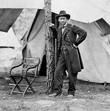
























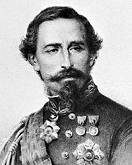




























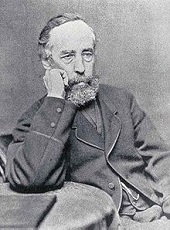


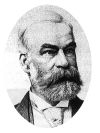





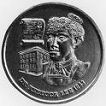

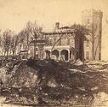

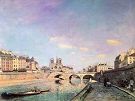


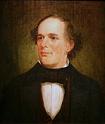

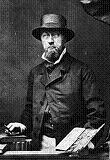
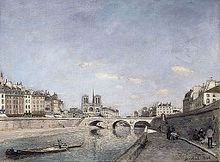
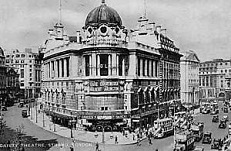
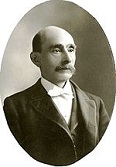
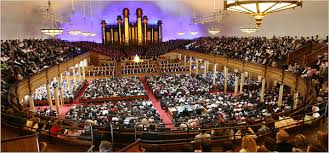
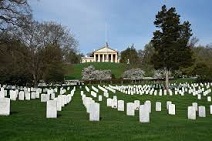



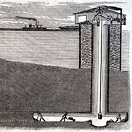

1864 The British consulate reports that Jerusalem has a pop. of 15K, incl. 8K Jews, 4.5K Muslims, and 2.5K Christians; in 1914 it has a pop. of 65K, with 45K Jews; a Jewish persecution breaks out in Rome. The U.S. Civil War proves to be the Amputation War, with 75% of all field surgery operations being amputations, taking an avg. of 12 min., with a 77% chance of surviving an arm amputation by the sawbones. As Bismarck says, blood and iron build his German empire? The difficult question of the possession of Schleswig and Holstein (two provinces adjoining Denmark on the S, occupied by Danes and Germans), disputed by Denmark and the German Confederation, has become so complex that "only three persons in Europe were completely acquainted with the truth, the Prince Consort who was dead, a German professor who was in a lunatic asylum, and myself - and I had forgotten it" (British PM Lord Palmerston); on Jan. 16 after Bismarck persuades Austria to join forces with Prussia to invade Denmark if needed, they send an ultimatum to Cophenhagen, demanding cancellation of the new Danish constitution because of its virtual annexation of S-H; Palmerston's stated sympathies in favor of Denmark soon lead to derision for Britain when it fails to come to its defense and lets the Germans invade Schleswig, defeat the Danes at Duppel, then invade Denmark, followed by the ineffective London Conference on Apr. 25, which results in the Peace of Vienna, ceding the "Elbe Duchies" of Schleswig, Holstein and Saxe-Lauenburg to Austria and Prussia, who rule together; on Aug. 14 the Gastein Convention (Convention of Badagastein) gives admin. of Holstein to Austria as part of Bismarck's plan to draw it into a war. In Jan. the Bloody Tanks Massacre near Pinal Creek in Ariz. Territory results when rancher King S. Woolsey, pres. of the legislative council pulls a pistol from his coat during a peace parley and murders Pinal Apache chief Paramuca, then has his men murder the other 25-200 gunless Apaches, depending on the source; one white man, Cyrus Lennan is killed when an Indian plays dead then lances him before being gunned down; the blood pools in rock basins, causing the name "bloody tanks", although the whites call it the "Pinole Treaty Battle", and paint themselves as heroes, causing Wooley to be lionized as "Arizona's greatest Indian fighter"; meanwhile the Indians' story (first pub. in 1936) is that the whites had killed off their food supply of deer and stolen their cornfields, causing them to starve, and they had stolen a few cattle and ponies to feed themselves, and only wanted the palefaces to promise not to take any more from them, and when the chief told the paleface that he only wanted peace, Woolsey replied, "We're going to give you peace, a new kind of peace" and fires away, telling his men to "pick out your Indian". In Jan. Kit Carson's forces round up 8K starving Navajos and send them on the first of several Long Walks of the Navajo from Ft. Defiance to new Ft. Sumner at Bosque Redondo (Sp. "Round Forest", N.M., committing atrocities along the way, with 200 dying during the 18-day 450-mi. (720km) trek; by 1865 8K-9K settle on a 40 sq. mi. area in concentration camps where they are forced to live in holes in the ground under armed guards with inadequate rations, where 3.5K die. In Jan. Andersonville Prison (originally named Camp Sumter) is built by the Confeds. in Sumter County, SW Ga. (40 mi. from Butler), opening in Feb. and going on to house 45K Union POWs over the next 14 mo. (until Apr. 1865), of which 12K die from Southern hospitality from exposure, disease, or starvation, not to mention those killed by sharpshooters for crossing the Dead Line around the camp. On Feb. 8 U.S. Sen. (R-Mass.) (1851-74) Charles Sumner (1811-74) (known for his big beating in 1856) introduces another version, with a guarantee of equality, causing a combined amendment to be submitted by the Senate Judiciary Committee to the Senate on Feb. 10; on Apr. 8 the Senate passes it by a 38-6 vote, but on June 15 the House rejects it by 93-65 (for-against). It's a new day in Hell's Kitchen, but Chef Hunley still has some questions about last evening's dinner service? On Feb. 12 after Confed gen. James Longstreet charges his own div. cmdr. and West Point buddy Lafayette McLaws with incompetence, he is put on court-martial, found guilty on May 5, and sentenced to 60 days, after which the sentence is overturned but he is sent to defend Savannah, Ga., becoming bitter and claiming Longstreet used him as a scapegoat for botching his Knoxville Campaign last fall. On Feb. 15 Heineken Brewery in Amsterdam, Holland is founded by Gerard Adriaan Heineken (1841-93), who talks his wealthy mother into buying De Hooiberg Brewery (founded 1592) (makers of Haystack brand beer) for him, switching to Bavarian-style bottom fermentation and introducing Heineken brand beer in 1873, made from secret Heineken A-Yeast developed by Dr. Elion, a student of Louis Pasteur; it becomes known for green bottles with a red star; in 1875 it wins the gold medal at the Internat. Maritime Exposition in Paris; in 1933 it becomes the first Euro beer to be imported to the U.S. after the end of Prohibition; in 1975 it moves its main brewery to Zoeterwoude. On Feb. 17 the Confed. ironclad submarine H.L. Hunley (AKA the Fish Boat and the Porpose) named after Horace Lawson Hunley (1823-63) sinks the Union screw sloop-of-war USS Housatonic (one of a group of Union warships blockading Charleston Harbor, S.C.) with an explosive device attached to a pole (beoming the first ship sunk by a sub), then goes to the bottom itself as the hand-cranked propeller shaft fails to work; made in Mobile, Ala. from an iron boiler, er, built to plans, with no periscope, and a candle as the only internal illumination, it had sunk on two previous trial runs, killing five crew the first time (Aug. 29, 1863) and eight the second (Oct. 15, 1863), incl. Hunley; it is found near Sullivans Island in 18 ft. of water by divers in May 1995, raised in Aug. 2000, and the crew officially buried in Charleston in 2004; after the Union fails to take Charleston, its worst naval defeat of the war, former big man rear Adm. Samuel Francis Dupont asks to be relieved of his command, ending his 45-year Navy career on a bummer. On Feb. 24 Confed Gen. Braxton Bragg is summoned to Richmond and made military advisor to pres. Jefferson Davis - I don't like to brag, but? On Feb. 25 fifty Apaches raid the Agua Fria Ranch in N Ariz., stealing all 30 cattle of owner King S. Woolsey, and pissing him off, causing him to organize a party of 101 settlers and get Ariz. gov. #1 (1863-6) John Noble Goodwin (1824-87) to call for their extermination and give him the rank of lt. col., and they set out, finding nothing but women and destroying their wheat fields, getting a commendation from the territorial legislature in July. On Mar. 1 Rebecca Davis Lee Crumpler (1831-95) becomes the first black woman to receive a medical degree in the U.S., from the New England Female Medical College in Boston, Mass. - I don't know nuthin' about birthin' babies? On Mar. 3 Gen. Grant, Gen. George Meade, and Gen. Philip Henry Sheridan (1831-88) (a volatile little Irishman on a big black horse?) cross the Rapidan River. On Mar. 10 after his great work in ridding Tenn. of rebels, Ulysses S. Grant is promoted to lt. gen. (first since George Washington), and put in charge of the Union Armies, replacing Gen. Halleck, going on to suspend the exchange of POWs in Mar. to cut off their source of reinforcements, while thinking nothing of trading his troops 2-for-1 in combat to defeat the Confederacy, soon losing 30K of his 100K troops, more men than Gen. Lee commands, causing First Lady Mary Todd Lincoln to call him a butcher; John Wilkes Booth later plots to kidnap Pres. Lincoln to hold him hostage and force the POW policy to be reversed, then decides on assassination after hearing him support voting rights for black people on Apr. 11, 1865? On Mar. 10 Maximilian II (b. 1811) dies, and his 19-y.-o. son "Mad" (Märchenkönig) Ludwig II (1845-86) becomes king of Bavaria (until June 13, 1886), and goes on to build a bunch of fairy tale castles around Tegelberg Mt., incl. the fairy tale-like Neuschwanstein Castle (Schloss) (1869-86) (model for Disneyland Castle) (homage to Richard Wagner), co-designed by Bavarian architect Eduard Riedel (1813-85), leaving mundane state affairs to his trusty ministers. On Mar. 10-May 22 the Red River Campaign (Expedition) sees 30K Union troops under Maj. Gen. Nathaniel Prentice (Prentiss) Banks (1816-94) (U.S. House Speaker in 1856-7) invade La. along the Red River, facing 6K-15K Confed. troops under Maj. Gen. Richard Scott "Dick" Taylor (1826-79) (son of pres. Zachary Taylor) and Maj. Gen. Sterling, ending in dismal failure starting on Apr. 8 at the Battle of Mansfield (Sabine Crossroads) (Pleasant Grove) in De Soto Parish, La. (first major battle of the campaign), with 2.9K Union vs. 1.5K Confed. casualties; meanwhile on Mar. 23-May 2 the Camden Expedition in S-C Ark. by Union forces under Maj. Gen. Frederick Steele, a plan to march to Shreveport, La. and link up with the amphibious force of Maj. Gen. Nathaniel P. Banks and Rear Adm. David D. Porter for a raid up the Red River Valley into Tex. is a failure after Shelby's Raiders harass them along the way, allowing the Confeds. under Maj. Gen. Sterling Price and Gen. Edmund Kirby Smith to win a series of battles, finally forcing them back to Little Rock, Ark. after Shelby captures their supply trains at Mark's Mill; too bad, Confed. Gen. Edmund Kirby Smith (1824-93) fails to pursue the retreating Yankees, and sends half of his force N to Ark. to meet the army of Gen. Frederick Steele, which had come S from Little Rock, where it was supposed to link up with Banks' army in Shreveport, La., but is now left exposed; on Apr. 30 the Battle of Jenkins' Ferry on the Saline River SW of Little Rock in modern-day Grant County, Ark., sees the 12K overconfident rebels force the Yankees to dig in their heels and kick their butts, allowing Banks' forces to return to Little Rock and keep control of Ark., making Smith and Taylor into bitter enemies; Gen. Sterling Price then decides to bypass Ark. and invade Mo. in hopes that the many Southern sympathizers will rise up. On Mar. 11 the Great Sheffield Flood in England begins when the Dale Dyke Dam breaks when being filled for the first time, damaging 600 houses and killing 240; the dam is rebuilt in 1875. On Mar. 15 conservative Gen. Jose Maria Medina (1826-78), a veteran of the war against gringo William Walker becomes the first pres. of Honduras to endure more than a year (until July 26, 1872), backed by Rafael Carrera of Guatemala. On Mar. 28 Ravi Varma IV dies, and Sir Rama Varma XIV (1848-88) becomes king of Cochin in SW India (not to be confused with Cochin, China), becoming the first to be knighted. On Apr. 4 the U.S. Congress passes a resolution against the establishment of a monarchy in Mexico, which doesn't stop Cactus Emperor Maximilian I, who accepts the crown of Mexico on Apr. 10, and signs the Miramar Convention. On Apr. 8 the Repub.-controlled U.S. Senate passes the 13th Amendment to the U.S. Constitution by 38-6, and sends it to the divided House, which defeats it on June 15 by 93-65 for-against. On Apr. 8 the private Congressionally-chartered Gallaudet U. (originally Columbia Inst. for the Instruction of the Dead and Dumb and the Blind in 1857) is founded in Washington, D.C. for the deaf and hard of hearing, named after Rev. Thomas Hopkins Gallaudet (1787-1851), father of pres. #1 (until 1910) Edward Miner Gallaudet (1837-1917), starting out as a grammar school and growing into higher education. Hey, we AEIOU's have been missing out on the New World grab up till now, don't we ever get a turn? On Apr. 10 Archduke Ferdinand Maximilian Joseph of Austria arrives in Mexico City and is crowned emperor Maximilian I (1832-67) of Mexico (until June 19, 1867), encouraging Confederates to migrate to Mexico along with their slaves, while his rival Benito Juarez watches the Yankees' backs and prevents the French from aiding the Confederates in Tex. Is there a little black dirt on your lily-white pillow? On Apr. 12 the Battle of Ft. Pillow near Memphis is a V for the KKK, er, Confederates under Maj. Gen. Nathan Bedford Forrest, who capture the Union-held fort from its defenders, Southern Unionists and freed blacks; accusations of a massacre of black Union soldiers (incl. some whites and the fort cmr.), causing the river to run red stir Union resentment, but Lincoln decides against retaliation. In Apr. the 1863 Jan. Uprising by the former Polish-Lithuanian Commonwealth is crushed by the Russians, the whole experience causing once-liberal Russian Tsar Alexander II to turn reactionary and begin using secret police, which backfires and increases unrest, leading to his own assassination in 1881; the Young Latvian and other nationalist movements are crushed by Russia, leading to Russification; by modern times 40% of the pop. of Latvia is of Russian origin. On May 5-7 the Battle of the Wilderness in Spotsylvania County, Va., the first direct confronation between Gens. Robert E. Lee and Ulysses S. Grant sees 65K Confed. troops behind an earthworks cross the Rapidan River on May 3-4, and Grant lead his army of 120K around his E flank over the river, camping in the forested Spotsylvania Wilderness; Lee responds by dividing his army in two, with Gen. Richard "Dick" Stoddert Ewell and Gen. A.P. Hill flanking Grant's troops, and the 1st Corps under Lt. Gen. James Longstreet attacking from the S on May 5; too bad, the Union troops almost overwhelm Hill, who is saved only by nightfall, causing Longstreet to be ordered to break off his attack and relieve Hill, which he does on the morning of May 6 after another Union attack pushes Hill into Widow Tapp's Field and almost captures Gen. Lee; Longstreet then resumes his attack on the S flank, only to become wounded, ending the Confed. attack, except for an attack by Confed. Brig. Gen. John Brown Gordon (1832-1904) at the N flank just before dark; meanwhile in the midst of the fighting, a Yank and a rebel duke it out in Saunders Field, after agreeing that the loser will submit to capture, causing both armies to stop fighting to watch the fistfight; the rebel wins. The horseback war brings back shades of Attila the Hun? On May 9-25 Union Gen. Philip Sheridan leads 10K cavalry armed with repeating carbines on a raid in the Richmond vicinity, destroying railroad tracks and rolling stock, incl. 3 wks. of Confed. rations; on May 11 Confed. cavalry Gen. James E.B. (J.E.B.) Stuart (b. 1833) is mortally wounded at the Battle of Yellow Tavern, 6 mi. N of Richmond (his first wound of the war?), and dies on May 12 (he once said "All I ask of fate is that I may be killed leading a cavalry charge"); he is replaced by wealthy S.C. planter Gen. Wade Hampton III (1818-1902), becoming the only non-Virginian to head the cavalry corps of Lee's army. In the west Grant goes on a holiday cruise? On May 12 Union troops capture a whole div. of Lee's army at the Bloody Angle in the Battle of Spotsylvania Courthouse (May 8-20), then withdraw after the longest sustained combat of the war (20 hours), but winning the war of attrition against the South (18K Union vs. 12K Confed. casualties); on May 21 Gen. Grant discontinues the fight, gets replacements and marches on toward Richmond around Lee's right with 108K men, relentlessly closing in on the weakening rebel army (60K); on May 26 Grant gets overbold, and on May 31 after encountering Confed. positions along the line of Totopotomoy Creek sends Gen. Sheridan's cavalry ahead to capture Cold Harbor (2 mi. from Gaines's Mill and 10 mi. NE of Richmond, near the site of the 1862 Seven Days' Battle), beginning the bloody Battle of Cold Harbor on May 31-June 12; on June 1 Union troops under Gen. Horatio Gouverneur Wright and Gen. William Farrar "Baldy" Smith (1824-1903) capture much of the Confed. front line while taking 2K casualties, but Lee's forces hold, and on June 2 (morning) counterattack, taking many POWs; on June 3 (4 a.m.) the Yankees begin an advance, and walk into a bloody pre-dawn massacre (5K casualties in 20 min., and 7K by 1:30 p.m.), after which both sides retrench and it becomes a push; on June 12 the Union forces withdraw S across the James River, ending their drive through the Va. Wilderness, with 13K total Union vs. 2.6K Confed. casualties; Grant later admits that the attack is the worst mistake of his career (the only thing he ever admits doing wrong), although at the time he tries to cover it up in an effort to assure Lincoln's renomination; it becomes Lee's last major field V, though he can't afford the casualties. On May 13-15 after Gen. Grant gives Gen. William Tecumseh Sherman (1820-91) command of the military div. of the Mississippi (100K men) with the task of destroying the Confed. Army of Tennessee (45K men) under Gen. Joseph E. Johnston and moving against Atlanta, Ga., and Johnston adopts a fight-and-retreat policy, he begins retreating S from Resaca on May 13-15, Adairsville on May 17, New Hope Church on May 25-26, Kennesaw Mountain on June 27, and Marietta, Ga. on June 9-July 3, maneuvering tactically to avoid heavy engagements, then getting trapped into them by Sherman; on June 26 Sherman writes "We have destroyed the land and our animals have eaten up the wheat and corn fields"; on July 17 Pres. Davis replaces Johnston with Gen. John Bell "Sam" "Old Wooden Head" Hood (1831-79), hoping he will prove more aggressive; he later proves too aggressive? On May 15 the Battle of New Market sees the Confeds. under Gen. John C. Breckinridge assisted by VMI cadets force Union Gen. Franz Sigel out of the Shenandoah Valley. On May 26 the Territory of Montana (Mont.) is created out of Idaho Territory by Congress, with capital at Bannack, Mont. on Grasshopper Creek in SW Mont. until Feb. 6, 1865, followed by Virginia City, Mont. in SW Mont. until Apr. 19, 1875; on July 14 gold is discovered in Last Chance Gulch, Mont. by the Four Georgians; on Oct. 30 3,875-ft. alt. Helena, Mont. in WC Mont. (modern-day pop. 31K) is founded; by 1868 $16M in gold is dug up from Last Chance Gulch, and the town pop. reaches 7.5K, incl. 50 millionaires, most per capita on Earth; on Apr. 19, 1875 it becomes the capital of Mont. Territory, and capital of the state of Mont. on Nov. 8, 1889; Last Chance Gulch takes 20 years to peter out; meanwhile in Aug. the city of Bozeman, Mont. in SW Mont. (modern-day pop. 45K/97K) is founded, named after Bozeman Trail founder John M. Bozeman (1835-67); it is incorporated in 1883, becoming home to Mont. State U. (1893). On May 29 after Lincoln's wing splits to form the Nat. Union Party, leaving only Radical Repubs., the 1864 Repub. Nat. Convention in Cleveland, Ohio nominates U.S. Gen. John Charles Fremont (1813-90) for pres., and U.S. Gen. John Cochrane (1813-98) for vice-pres. In May Gen. Ambrose Burnside is given command of the Ninth Corps of the Army of the Potomac again, participating in the Richmond campaign (until 1864). In May a flood wipes out part of Denver, Colo., causing a movement of pop. W into Highland. On June 3 Pres. Lincoln signs the U.S. Nat. Bank Act, a revision of the 1863 Nat. Currency Act establishing an inspection system for nat. banks. On June 15 after the Battle of the Wilderness necessitates finding a burial site for the dead, and measles victim William Henry Christman (1843-64) becomes the first military burial there on May 13, U.S. Secy. of War Edwin M. Stanton signs an order establishing a military burial ground on the confiscated Arlington House estate of Confed. Gen. Robert E. Lee, his wife Mary Anna Lee (great-granddaughter of Martha Washington), and the Custis family, which becomes Arlington Nat. Cemetery (established May 13), designed by U.S. Army quartermaster gen. (1861-82) Montgomery Cunningham Meigs (1816-92); the land was part of the estate of John Parke Custis, son of First Lady Martha Washington; the mansion was built by his son George Washington Parke Custis; the first nat. Memorial Day ceremony is conducted there by Pres. Hoover on May 30, 1929; burials are desegregated on July 26, 1948. On June 9 the Siege of Petersburg, Va. 20 mi. S of Richmond S of the Appomattox River begins (ends Mar. 25, 1865,) with the Confeds. setting up strong defenses; on June 9 the First Battle of Petersburg in Va. is a D for 4.5K Union troops under Maj. Gen. Benjamin Butler against 2.5K Confed. defenders, becoming known as the "battle of old men and young boys". On June 12 Grant's forces, attempting to score a quick knockout of Richmond by capturing Petersburg to the S first, cross the James River with 115K troops (first use of the Gatling gun) after feinting a move towards Richmond that fools Lee, but Confed. Gen. Pierre Toutant Beauregard blocks his arrival long enough for Lee to arrive, and on June 14-17 the Army of the Potomac crosses the James River from the N and moves towards Petersburg to support it. On June 17-18 Confed. forces under Gen. Jubal Anderson Early (1816-94) defeat Union forces under Maj. Gen. David "Black Dave" Hunter (1802-86) at the Battle of Lynchburg in the Shenandoah Valley of Va.; Early then crosses the Potomac on July 5, invades Md. and Penn., and advances to the outskirts of Washington, D.C. on July 11 after the July 9 Battle of the Monacacy River (Junction) On June 17-18 Confed. forces under Gen. Jubal Anderson Early (1816-94) defeat Union forces under Maj. Gen. David Hunter (1802-86) at the Battle of Lynchburg in the Shenandoah Valley of Va.; Early then crosses the Potomac on July 5, invades Md. and Penn., and advances to the outskirts of Washington, D.C. on July 11 after the July 9 Battle of the Monacacy River (Junction) under Union Maj. Gen. Lewis "Lew" Wallace (1827-1905) (of Ben-Hur fame) slows him down (saving Washington?); after the Battle of Ft. Stevens in NW Washington, D.C. on July 11-12 sees 10K rebels under Gen. Jubal Early lose to 9.6K federal troops under Gen. Alexander M. McCook and Gen. Horatio G. Wright, with 500 rebel vs. 373 Union casualties, the invasion is aborted and Early turns back on July 12 (eve.), crossing the Potomac River at White's Ferry in Leesburg, Va. on July 13, bringing their booty with them, with Early uttering the soundbyte: "We didn't take Washington but we scared Abe Lincoln like Hell"; on July 12 Lincoln witnesses the attacks from Ft. Stevens through field glasses while dodging bullets, becoming the first U.S. pres. to see action while in office since Madison in the Battle of Bladensburg on Aug. 24, 1814. On June 15-18 the Second Battle of Petersburg sees the Union initially gain ground then get chicken and retreat after Confed. Gen. Beauregard uses a bunch of tricks and "Quaker Guns" (logs) to fool the Yankees into puffing up his army size in their minds. On June 21-23 the Battle of Jerusalem Plank Road (First Battle of Weldon Railroad) sees the Union try to cut supply lines S of Petersburg until they are driven off by Confed. troops under Brig. Gen. William Mahone (1826-95). On June 25 the Battle of Staunton River Bridge sees the Union destroy 60 mi. of railroad tracks before Lee's cavalry finally stops them from destroying the key railroad bridge; on June 28 the Battle of Sappony Church sees the fleeing federals engaged as they head N, causing them to abandon many fleeing slaves they were taking with them; on June 29 the First Battle of Ream's Station sees the same fleeing federals run against more Confeds. and end up burning their wagons and abandoning their artillery before fighting through to Union lines on July 2. In the west Grant goes on a holiday cruise? Gen. Grant gives Gen. William Tecumseh Sherman (1820-91) command of the military div. of the Mississippi (100K men) with the task of destroying the Confed. Army of Tennessee (45K men) under Gen. Joseph E. Johnston and moving against Atlanta, Ga.; Johnston adopts a fight-and-retreat policy, retreating S from Resaca on May 13-15, Adairsville on May 17, New Hope Church on May 25-26, Kennesaw Mountain on June 27, and Marietta, Ga. on June 9-July 3, maneuvering tactically to avoid heavy engagements, then getting trapped into them by Sherman; on June 26 Sherman writes "We have destroyed the land and our animals have eaten up the wheat and corn fields"; on July 17 Pres. Davis replaces Johnston with Gen. John Bell "Sam" "Old Wooden Head" Hood (1831-79), hoping he will prove more aggressive; he later proves too aggressive? On June 19 after a 90-min. battle the war sloop USS Kearsarge, commanded by Capt. (since July 1862) John Ancrum Winslow (1811-73) sinks the CSS Alabama (after it takes a record 69 prizes), captained by Raphael Semmes (1809-77) off Cherbourg, France, ending the career of the South's most famous commerce raider; big man Winslow receives a Congressional vote of thanks and a promotion to commodore, followed by rear Adm. in 1870 with command of the Pacific squadron until 1872 - all I want to do is be in the light? In June Lee's alma mater Va. Military Inst. (VMI) is burned. On July 2 Congress passes the U.S. Wade-Davis Bill, AKA the Ironclad Oath, sponsored by Radical Repubs. Ohio Sen. (1851-69) Benjamin Franklin "Buff" Wade (1800-78) and Md. Rep. Henry Winter Davis (1817-65), upping the ante on Lincoln's 10 percent Reconstruction Proclamation by requiring a majority of white male citizens to swear their allegiance, abolish slavery, repudiate Confed. debts, and other more stringent requirements wanted by the Radical Repubs., incl. male suffrage and military govs.; Lincoln kills it with a pocket veto, causing the sponsors to respond with the Wade-Davis Manfesto, accusing him of seeking relection by the executive establishment of new state govts. On July 4 the U. of Bucharest in Romania is founded by Prince Alexander John Cuza. On July 18 photographer John Mayall opens up a new studio on King's Road Arches in Brighton, England, five days after the Grand Hotel opens its doors. Atlanta burns, don't stop, can't stop? On July 20 after battles in the Marietta area, Sherman's troops advance toward Atlanta, defeating an attack by Confed. Gen. John Bell Hood at the Battle of Peachtree Creek, then another on July 22 in the Battle of Atlanta, where Union Maj. Gen. Grenville Mellen Dodge, cmdr. of the XVI Corps sees his chance and rides to the front to lead the div. of Gen. Thomas William "Fighting Tom" Sweeny (1820-92) into battle, pissing-off Sweeny, who gets into a fistfight with him, after which Sweeny is court-martialed and Dodge dodges all charges; on July 28 the Battle of Ezra Church results when Hood tries to keep them from cutting his communications S of the city, throwing his 18K starving Confeds against 13K fat federals, and getting repulsed with 2,836 casualties vs. 632 for the Yankees; Grenville Dodge is hit by a Confed. sharpshooter in the head while peeping through an eyehole in the Union breastworks, but recovers; this big D leads on Sept. 2 to the Fall of Atlanta and Burning of Atlanta; Pres. Lincoln, heretofore despairing of reelection, now sees a rosy political dawn; Sherman gives an order sparing all bldgs. with Masonic symbols, saving the Grant Mansion; on Sept. 12 Gen. Sherman sends a Letter to the Shocked Mayor of Atlanta, telling him "War is cruelty, and you cannot refine it"; Walter Quintin Gresham is wounded in the Atlanta campaign, laming him for life, and next year is awarded the honorary rank of maj.-gen. and retires. On July 24 the Confeds. under Gen. Jubal A. Early win a V against Union Gen. George H. Crook at the Second Battle of Kernstown in Frederick County, Va., then on July 30 Early's cavalry burns Chambersburg, Penn. to get even for the burning of the Va. Military Inst., but only after they are given a Southernly chance to pay ransom. On July 27-29 the First Battle of Deep Bottom (Darbytown) (Strawberry Plains) (New Market Road) (Gravel Hill) in Henrico County, Va. sees the Union army under Gen. Winfield Scott Hancock and Philip H. Sheridan cross the James River from the S to threaten Richmond in order to divert Confeds. forces defending Petersburg, then withdraw after a Confed. counterattack. On July 30 the Battle of the Crater sees coal miners from the 48th Penn. infantry under Lt. Col. (later brig. gen.) Henry Clay Pleasants (1833-80), who dug a 511-ft.-long tunnel under the Confed. lines at Petersburg at Elliott's Salient detonate explosives, creating a 135-ft. diam. crater, killing 280-350 Confed. soldiers, then get chicken about sending rehearsed black troops at the Confeds., sending unrehearsed white troops instead, who jump into the crater instead of moving around the rim, ending up getting slaughtered, with 5.3K casualties, causing Gen. Grant to call it "the saddest affair I have witnessed in the war"; the news spooks the Yankee pop., giving the Dems. their chance to call for a negotiated peace, and giving them steam for the upcoming pres. elections on Nov. 8. By July Lee's starving Army of Northern Virginia is bottled up in Petersburg while Grant reinforces and prepares for the final conflict; Gen. Longstreet has recovered from his 1864 Wilderness wounds enough to direct Petersburg's defense; meanwhile Confed. Gen. Jubal A. Early returns to the Shenandoah Valley in Aug., and Gen. David Hunter is replaced as cmdr. of cavalry forces in the Union Army of the Potomac by dashing Gen. William Tecumseh Sheridan. In July the U.S. passes the 1864 U.S. Immigration Act, encouraging white immigration to the Union, causing the huddled masses of Europe to begin pouring into the docks of New York City, only to be signed up for the Union army - but a Sumo wrestler and a dwarf? By the end of July Grant cuts off Lee's supplies from the lower South and begin staging for the final assault on Richmond, putting fun-guy Gen. Benjamin Franklin Butler in command of the Army of the James in Va. On Aug. 5 Union commodore David G. Farragut, with a fleet of 14 wooden warships and four ironclads fights his way past Confed. forts, entering Mobile Bay; after losing one ironclad, the USS Tecumseh (commanded by Capt. Craven) to torpedoes (mines) in the channel, Farragut has himself lashed to his flagship's mainmast, uttering the immortal soundbyte "Damn the torpedoes - full speed ahead!"; although he captures the forts, he doesn't capture the city of Mobile 30 mi. away, and it remains in rebel hands until Apr. 1865, although it ceases to be a center of blockade-running; Sir Henry Newbolt (1862-1938) later immortalizes this event in his poem Craven. On Aug. 14-20 the Second Battle of Deep Bottom sees the Yankees under Winfield Scott Hancock cross the James River again at Deep Bottom in a move on Richmond, then gain some Vs at Fussell's Mill, until the Confeds. drive them back over the river. On Aug. 18-21 the Battle of Globe Tavern (Second Battle of Weldon Railroad) sees the Union under Gen. Gouverneur Kemble Warren cut Petersburg's primary rail connection with Wilmington, N.C., forcing the Confeds. to use wagons for 30 mi. up Boydton Plank Road instead. On Aug. 22 Confed. Gen. Robert E. Lee receives a report that his soldiers are about out of food supplies, after which on Sept. 14-17 the Beefsteak Raid sees 3K Confed. cavalry under Maj. Gen. Wade Hampton ride 100 mi. in N Va. to gather cattle intended for Union troops laying siege to Richmond behind Union lines at Coggin's Point on the James River 5 mi. from Grant's HQ, surprising the 120 guards and stealing 2,468 cattle along with 11 wagons and 304 POWs, with 10 Confeds. KIA, 47 wounded and 4 MIA; Lincoln calls it "the slickest piece of cattle-stealing" he ever heard of; until the end of the war the Confeds. have so much extra beef that they trade it with the Union sentries for luxuries. On Aug. 22 far, far away from the U.S. Civil War carnage, after lobbying by Swiss activist Henri Dunant, 13 Euro states agree to the First Geneva Convention for the Amelioration of the Condition of the Wounded and Sick in Armed Forces in the Field, establishing humane regulations regarding the treatment of sick and wounded POWs; all of the sick and those who minister to them are required to display the Swiss Army knife Geneva cross (red on a white background), and battlefield medical facilites are officially neutral; the first of Four Geneva Conventions by 1949; the Internat. Committee of the Red Cross is established, with the Swedish Red Cross in Stockholm, and the Norwegian Red Cross in Kristiania (Oslo) both founded next year. On Aug. 25 the Second Battle of Ream's Station sees Union troops tearing up railroad tracks get ambushed by the Confeds., losing nine guns, 12 flags, and many POWs. On Aug. 29-31 the 1864 Dem. Nat. Convention in Chicago, Ill. sees the Dems. call for an armistice to be followed by a nat. convention to restore the Union; they nominate Gen. George B. McClellan, who distances himself from his party's peace platform by declaring that Union must precede peace talks; Abraham Lincoln is renominated, with old-fashioned Jacksonian War Dem. Andrew Johnson of Tenn. nominated for vice-pres. by the Nat. Union Party, a wartime coalition of Repubs. and War Dems. (changed back to Repub. Party in 1868); Johnson is picked to lure Northern Dem. votes away from Gen. McClellan; 22 disgruntled opponents of Lincoln vote for Ulysses S. Grant, who is not a candidate. ' In Aug. the Taiping Rebellion (begun Dec. 1850) of up to 1M peasants falls to attacks led by British Gen. Charles George "Chinese" Gordon (1833-85); Hong Xiuquan (b. 1814) commits suicide; total losses are estimated at 20M, seriously weakening the Manchu (Qing) Dynasty and leading to its final collapse in 1912. On Sept. 1-7 the Charlottetown Conference on Prince Edward Island, Canada (named after Queen Victoria's father) to discuss the creation of Canada, gaining the name "Birthplace/Cradle of Confederation", but it is upstaged by a local circus, and they agree to meet later in Quebec; in 1867 the island balks at joining, preferring to remain a colony of the U.K., flirting with joining the U.S. In early Sept. the Confeds. under Gen. Sterling Price invade Mo. with 12K-15K men, aided by Quantrill's Raiders; on Sept. 26-27 they attack Pilot Knob in Iron County, Mo. outside St. Louis, and are held off by a garrison of 1K Yankees, after which Price tries unsuccessfully to take Jefferson City to the W, then is repulsed at the Kan. border, and finally gives up and heads back S on Oct. 23 with his remaining 5K men, losing William Quantrill and William T. "Bloody Bill" Anderson (1839-64), who dies on Oct. 26 in Ray Count, Mo., his body found with a silken cord with 53 knots, plus human scalps on his bridle; Price covers up his failure to Jeff Davis (who never treated him right since he didn't graduate from West Point?) with a glowing report of how he had brilliantly feinted toward St. Louis then maneuvered W to keep the Yankees S of the Missouri River, then marched 1,434 mi., engaging in 43 battles and taking 3K POWs, yada yada yada. On Sept. 26-27 the after crossing from Ark. to Mo. with the goal of capturing St. Louis, and tries to capture Ft. Davidson near the terminus of the St. Louis, Iron Mountain and Southern Railway, the 12K-man Confed. army under Gen. Sterling Price (3K of whom have no weapons) are defeated by the 1.5K-man garrison under Brig. Gen. Thomas Ewing Jr. (1829-96) (brother-in-law of William Tecumseh Sherman) at the Battle of Pilot Knob (Ft. Davidson), taking 1.5K casualties vs. 184 for the Union then evacuating and blowing up the fort before retreating, after which Price retreats to Kansas City, Mo., where he is boxed in by two Union armies. On Sept. 28 Turin-born Gen. Alfonso Ferrero, Cavaliere La Marmora (1804-78) becomes PM #6 of Italy (until June 20, 1866), going on to modify the September Convention to claim for Italy full freedom of action with respect to nat. aspirations to the possession of Rome, which is later used to justify the Italian occupation of 1870. On Sept. 29-30 the Battle of Chaffin's Farm (New Market Heights) sees another Union attack on Richmond repulsed after the Yankees capture several forts, forcing the Confeds. to erect a new line of defensive works, weakening their lines at Petersburg. On Sept. 30-Oct. 2 the Battle of Peebles' Farm (Poplar Springs Church) in Dinwiddie County near Petersburg, Va. sees Union troops capture Ft. MacRae and extend their left flank as they close in on Petersburg. On Oct. 1-3 after Union raiders attempt to destroy the saltworks in Smyth County, Va., the First Battle of Saltville in Va. is a Confed. V under Brig. Gen. Stephen G. Burbridge over Union troops under Gen. Alfred E. Jackson, but they stink it up by committing atrocities against captured black Union troops; on Dec. 20-21 the Second Battle of Saltville is a Union V under Gen. George Stoneman, and they destroy the saltworks, dealing a major blow to the Confederacy's ability to preserve meat. On Oct. 5 the Battle of Allatoona (Pass) in Barstow County, Ga. sees a 3,276-man Confed. div. under Maj. Gen. Samuel G. French fail to dislodge a 2,025-man Union garrison under Brig. Gen. John M. Corse from a fortified position protecting the railroad, with 897 Confed. vs. 706 Union casualties. On Oct. 7 the Battle of Darbytown and New Market Roads sees the Confeds. attack the Union far right flank before Richmond and rout the Yankee cavalry, but get repulsed by the main Union defensive line, and return to Richmond licking their wounds. On Oct. 9-27 the Quebec Conference, attended by 16 delegates discusses the Canadian Confederation, with the U.S. model muddied by the ongoing Civil War, but finally resulting in the Seventy-Two Resolutions, which are sent to the provinces for approval. On Oct. 12 chief justice (since Mar. 15, 1836) Roger B. Taney (b. 1777) finally kicks the lily-white paint bucket on the same that that his home state Md. abolishes slavery, and on Dec. 6 Cornish, N.H.-born U.S. treasury secy. #25 (1861-4) Salmon Portland Chase (1808-73) becomes U.S. Supreme Court Chief justice #6 and 39th justice of the 10-member U.S. Supreme Court (until May 7, 1873); no more changes till the war is safely won in 1870. On Oct. 13 the Battle of Darbytown Road sees the Union test the new Confed. defensive line in front of Richmond and get repulsed with heavy casualties. On Oct. 19 the Confeds. under Gen. Jubal A. Early rout two-thirds of the Union army at the Battle of Cedar Creek; too bad, the Johnny Rebs are so hungry that they fall to looting the Union camp, allowing Gen. Sheridan to ride on horseback 20 mi. to rally his troops and score a V, then go on to burn the Shenandoah Valley, destroying the food supply of the Army of Northern Va.; Col. Ranald S. Mackenzie, hated by his troops and haunted by his family skeletons scores big points with Sheridan for taking 500 POWs despite a mangled hand, and taking another bullet in the lung which disables him for months, and is promoted to maj.-gen. next Mar. On Oct. 21-22 the Second Battle of Independence in Mo. is a V for the Confed. Army of Mo. under Gen. Sterling Price over the Union cavalry of Gen. Alfred Pleasonton, who drives Gen. Blunt's army W on day 1, and Pleasanton's cavalry driving Price's army W on day 2. On Oct. 23 22K Union forces led by Gen. Samuel Ryan Curtis (1805-66) defeat the 8.5K-man Confed. army of Gen. Sterling Price at the Battle of Westport ("the Gettysburg of Missouri") near Kansas City, Mo., becoming the largest U.S. Civil War battle fought W of the Mississippi River (29K total troops), followed on Oct. 25 by the Battle of Mine Creek, where 2.8K Union troops defeat 8K Confeds., after which what's left of the rebel army retreats to Tex., and later flees to Mexico after the war, setting up a colony in Carlota, Veracruz, which goes bust, after which Price returns to Mo. and dies of cholera; the site of the Battle of Westport later becomes Jacob L. Loose Park - he thought it was okay not to boil water back in the States? On Oct. 27-28 the Battle of Fair Oaks and Darbytown Road sees the Union try to take Petersburg again, only to be repulsed by a Confed. counterattack and lose 600 POWs. On Oct. 27-28 the Battle of Boydton Plank Road sees 30K Union troops withdraw from the Petersburg lines and march W to take the Boydton Plank Road until a Confed. counterattack recaptures it, after which Union gen. Winfield Scott Hancock resigns, claiming old war wounds from Gettysburg. On Oct. 28 the Second Battle of Newtonia in Newton County, Mo. sees Union troops incl. the 16th Kansas Cavalry and 2nd Colo. Cavalry nder Gen. James G. Blunt encounter defeat retreating Confed. troops under Maj. Gen. Sterling Price incl. the Iron Brigade under cavalry Gen. Joseph O. "Jo" Shelby, who retreat into Indian Territory. On Oct. 31 after telegraphing a copy of their 16,543-word constitution to Pres. Lincoln for review, "Sagebrush State", "Silver State", "Battle Born State" Nevada (Nev.) (Sp. "snowy") is admitted as the 36th U.S. state, even though it doesn't contain enough people to constitutionally authorize statehood, all because of the Comstock Lode on Mt. Davidson in the Sierra Nevada Mts. near 6.5K-ft. Virginia City, and its gold and silver, which is needed to keep the Union solvent, its three electoral votes will ensure Lincoln's reelection; meanwhile N.M. is denied statehood by the Repub.-dominated Congress because it's a Dem. stronghold, Utah because of polygamy, and Repub. stronghold Colo. because of the Sand Creek Massacre - Indian gold is used to finance the killing of whites by whites and that's okay? In Oct. the Confed. raider CSS Shenandoah, under Capt. James Iredell Waddell (1824-86) escapes British port, and in one year of operation sails 58K mi. and takes 30+ Yankee merchant vessels, almost putting New England whaling out of business, and is still burning Yankee whalers in the Bering Sea in July 1865 when a passing British ship brings word of the war's end, making half of its captures into acts of piracy, causing an epic voyage to avoid the whole Union navy and reach a safe neutral port before being captured; after the war the U.S. whaling industry begins reviving until the advent of petroleum products for candles and fuels makes it decline again, shrinking to a few shore-based operations along the Pacific Coast by 1925. On Nov. 1 Md. adopts a new 1864 Md. Constitution officially ending slavery; it takes until Mar. 26, 2007 for the state to officially apologize for its role in the slave trade, days after Va. does it. On Nov. 2 the New York 19th Century 9/11 sees New York City mayor (1864-6) Charles Godfrey Gunther (1822-85) (a Dem.) receives a telegram from U.S. secy. of state William H. Seward warning him of a Confed. plot to burn the city down on election day (Nov. 8), causing Union troops under Gen. Benjamin Franklin Butler to occupy the city; on Nov. 25 (Evacuation Day), pissed-off Confed. agents led by Col. Robert Martin, (former subordinate of John Hunt Morgan) stage the New York Attack, setting fire to several crowded hotels to get even for the devastation of the Shenandoah Valley, after which on Nov. 26 police round up 200 suspects, and the Hotel Keepers' Assoc. offers a $20K reward, which doesn't stop the eight rebels from slipping back into Canada; Robert C. Kennedy is later caught trying to rescue some Confed. gens., and hung on Mar. 25, 1865 at Ft. Layfette in New York Harbor, becoming the last Confed. soldier executed by the Union; the whole episode terrorizes New York City, becoming their first 9/11, plus a deja vu for the assassination of JFK and RFK, compounded by the fact that on Nov. 25 brothers Edwin, Junius Jr., and John Wilkes Booth first perform together in the Winter Garden in Shakespeare's "Julius Caesar". On Nov. 8 after initially expecting to lose, then seeing his fortunes turn around with the capture of Mobile and Atlanta, the 1864 U.S. Pres. Election (first wartime election since 1812) (most important pres. election in U.S. history until ?) is a landslide for Abraham Lincoln of the Nat. Union Party, who ran with the slogan "Don't change horses in the middle of a stream", receiving 55% of the popular vote (2,218,388) and 212 electoral votes to George B. McClellan's 45% of the popular vote and 21 electoral votes (1,812,807) (McClellan carries only N.J., plus border states Del. and Ky.); Lincoln makes good use of the new army field vote; only 25 states participate in the election; he now had a mandate to finish the war, and begins strongarming Congress to get a two-thirds majority in the House to pass the 13th Amendment, offering political patronage jobs to lame duck Dem. members, but failing to change a single vote? Lights, action, take two? On Nov. 14-15 Union Gen. William T. Sherman, saying "Let us destroy Atlanta and make it a desolation" burns it again, firing the warehouses and railroad facilities after he orders the city evacuated, and the fire spreads and consumes about a third of the city; on Nov. 16 he begins the 250-mi. Sherman's March to the Sea with 60K troops, POWs, stolen livestock and a trail of newly-freed slaves in a 20-mi.-wide locust-like destruction, in an effort to "make Georgia howl" and demoralize the Confederacy to prevent it from converting into a guerrilla war; on Dec. 13 Ft. McAllister in Ga. is captured; on Dec. 21 the city of Savannah, Ga. falls, and on Dec. 24 is spared by Sherman as a "Christmas gift" in a dispatch to Lincoln; he then pushes into S.C., the "hell-hole of secession", burning more than a dozen towns in whole or part. On Nov. 21 Pres. Lincoln writes a letter of condolence to Mass. mother Lydia Bixby, whom the adjutant-gen. of Mass. reports has lost five sons "gloriously on the field of battle"; "I pray that our heavenly Father may assuage the anguish of your bereavement, and leave you only the cherished memory of the loved and lost, and the solemn pride that must be yours to have laid so costly a sacrifice upon the altar of freedom"; in actual fact, only sons Sgt. Charles Bixby (1863 at Fredericksburg) and Pvt. Oliver Bixby (1864, near Petersburg, Va.) are killed in battle; Corp. Henry Bixby is captured at Gettysburg, and later swapped in a POW exchange; Pvt. George Bixby deserts to the Confederates; Pvt. Edward Bixby deserts and flees to Cuba; Mrs. Bixby is an active pacifist who discouraged all her sons from enlisting. On Nov. 25 after 335 Calif. and N.M. volunteers and 70 scouts under Col. Kit Carson attack the 150 tepees of the Kiowas under chief Little Mountain and Iron Shirt, other Kiowas under paleface-hating chief Satanta (Set-tainte) ("White Bear") (1820-78), Stumbling Bear, and Lean Bear, allied with the Comanches, Apache, and Arapaho counterattack at the First Battle of Adobe Walls in the Tex. Panhandle near the Canadian River (near the ruins of William W. Bent's trading post), and the palefaces get surrounded, using two small mountain howitzers with 12-lb. shells on the swarms of Indians, then retreating toward the village of Little Mountain while being chased by shell-dodging braves; after a bitter tepee-to-tepee fight Kiowa Chief Iron Shirt is KIA, the Indians flee, and the tepees are torched by the palefaces; total losses: Indian: 60 KIA and wounded; palefaces: two KIA and 10 wounded; Indian allies of palefaces: one kia and five wounded; too bad that the palefaces' horses are too tired to chase the fleeing Indians? On Nov. 30 after Confed. Gen. John Bell Hood leads his dispirited 40K-man Army of Tennessee from Ala. into Tenn. to try to smash the "nothing but victory" Army of the Tennessee of Gen. George H. Thomas before reinforcing Gen. Robert E. Lee in Va., they attack entrenched federals of the Army of the Ohio under gen. John McAllister Schofield (1831-1906) at the Battle of Franklin, Tenn. (pop. 2.5K) (5 mi. S of Nashville), and dislodge them in five hours, but at the cost of 9K casualties on both sides (dooming the South?); Thomas' 50K-man army then attacks Hood's 25K-man army on Dec. 15-16 at the Battle of Nashville 4 mi. S of Nashville, dissolving the rebels, causing thousands to surrender and the rest (less than half) to flee S to Tupelo, Miss. (birthplace of Elvis Presley and Lawrence Welk star Guy Hovis?); Carrie Winder McGavock (1829-1905) starts the first Confederate cemetery on private land at her Carnton Plantation, with 1,481 graves of Confed. soldiers KIA at Franklin. Keep those stiches loose and soon you'll have a nice little cover? Just when white-on-white carnage is starting to end, White is Right America finally goes too far even for its own conscience? On Nov. 29 (a.m.) in Colorful Colo. after a band of Cheyenne and Arapaho leave Ft. Lyons without permission, scaring the pop. of Denver, causing Pres. Lincoln to approve shoot-on-sight orders, after which Gov. Evans issues a proclamation in Aug. ordering "all citizens of Colorado... to go in pursuit of all hostile Indians [and] kill and destroy all enemies of the country", the Sand Creek (Chivington) (Cheyenne Indian) Massacre of the 330-person camp of chiefs Black Kettle (1801-68) (Southern Cheyenne) (115 lodges) and White Antelope (Arapaho) (8 lodges) (9 mi. from modern-day Lamar) along a sluggish trickle of the South Platte shocks the nation with cruelty to native women and children by the volunteer troops of the First Colo. Infantry, led by Methodist minister (since 1844) Col. John Milton Chivington (1821-94), who was ordered to take his 750 soldiers to SE Colo. by Colo. Territorial Gov. (1862-5) John Evans (1814-97) to rid the state of Injuns after the mutilated bodies of a white settler, his wife and two young children are exhibited in Denver; after Chivington tells his men the night before, "Kill and scalp all, little and big; nits make lice; kill every topknot", and "I long to be wading in gore", then right before the attack, "Boys, I won't tell you who you are to kill, but remember our murdered women and children on the Platte; take no prisoners", the white devils kill and mutilate about 150 mostly women, children and elderly, even though they had set up camp at the direction of a U.S. gen. and flew a U.S. flag along with a white flag; some soldiers make trophies out of women's vaginas after cutting off their breasts and suckling them; chief White Antelope is castrated, and his scrotum later used as a tobacco pouch; in the night Jack Smith, half-breed son of squawman John S. Smith is murdered in his father's lodge after Chivington tells his men not to take prisoners; Chivington claims an Indian kill of 500-600, vs. 9 of his men killed and 38 wounded, and lies that most of the women and children escaped, burning the bodies and the camp to cover his tracks; 11 white captives are found in the lodges, and later used to justify the attack; mountain man Jim Beckwourth was the guide used to lead them to the camp, but suffers from arthritis and only watches from a distance; despite an attempted coverup, the Denver papers (beginning a long tradition of biased reporting) calling Chivington a hero, the Congressional Joint Committee on the Conduct of the War along with the U.S. Army hold hearings; Capt. Silas Stillman Soule (1838-65) (a dedicated abolitionist), who refused to order his men to fire on the Indians, testifies against Chillington, er, Chivington, "the Butcher of Sand Creek", and is later murdered; in 1865 the U.S. admits guilt and orders reparations, which a cent. later are still not paid; the whole affair causes Colo. statehood to be delayed until 1876; Chivington avoids an ordered court martial because his officer's commission expires, and is hounded to his death in 1894, claiming "I stand by Sand Creek"; by the end of the decade the way of life of the Am. Plains Indians is kaput, allowing white settlers to flock in and set up shop after the bison are exterminated; on July 18, 1865 Pres. Johnson asks Gov. Evans to resign for attempting a coverup; the scandal causes Colo. statehood to be delayed until 1876; on Aug.2, 2005 Pres. George W. Bush signs a bill restoring some of their remains to the site and creating the Sand Creek Massacre Nat. Historic Site; on Dec. 3, 2014 Colo. Gov. John Hickenloper formally apologizes to the descendants of the massacre in Denver. In Nov. Confed. Gen. Braxton Bragg is placed in command of the Dept. of N.C., then leads an unsuccessful expedition into Ga. against Gen. Sherman, who is on his march to the sea. On Dec. 8 Pope (since 1846) Pius IX (1792-1878) issues his infamous Syllabus of Errors (Syllabus Errorum), which condemns separation of church and state, freedom of the press and religion, Rationalism, modernism, liberalism, Socialism, etc., all lumped together on the red ink list; on Dec. 8 he also issues the encyclical Quanta Cura (Condemning Current Errors), condemning freedom of religion and speech, and separation of church and state, especially the "insane" idea that "Liberty of conscience and worship is each man's personal right, which ought to be legally proclaimed and asserted in every rightly constituted society; and that a right resides in the citizens to an absolute liberty, which should be restrained by no authority whether ecclesiastical or civil, whereby they may be able openly and publicly to manifest and declare any of their ideas whatever, either by word of mouth, by the press, or in any other way"; meanwhile Italy renounces its claim on Rome, and the capital of Italy is moved from Turin to Florence (until 1870); on Apr. 16 after several Vs of his Repub. forces in uniting Italy from control by the papal states, Giuseppe Garibaldi is given a triumphal reception in London, England, with the crowds chanting "Garibaldi forever" and We'll get a rope and hang the pope so up with Garibaldi!" On Dec. 15-16 the Battle of Nashville in Tenn. sees 30K Union troops under Maj. Gen. George H. Thomas decisively defeat and destroy a 30K-man Confed. army under Lt. Gen. John Bell Hood, with 9K Union cavalry armed with the Spencer Repeating Rifle, ending large-scale fighting in the Western Theater. On Dec. 25 the Jefferson Davis family spends Christmas in the cozy slave-filled Confed. White House, and Varina Davis later pub. Christmas in the Confederate White House in the New York World on Dec. 13, 1896, which becomes a hit. On Dec. 28 Gen. Manuel Mariano Melgarejo Valencia (1818-71) overthrows Gen. Jose Maria de Acha and becomes pres. of Bolivia (until Jan. 15, 1871), murdering his rival and former dictator Manuel Belzu in the bargain, causing a crowd shouting "Viva Belzu" to reverse themselves to "Viva Melgarjo" after he shows them his corpse, after which he goes to become the most incompetent macho dictator in Bolivian history (until ?), confiscating Indian land to give to his white horse, and ordering his army to defend Paris against the Germans in 1870, then being unable to locate it on a map. In Dec. with Pres. Lincoln's consent, Repub. Party founder Francis Preston Blair Sr. (1791-1876) (owner of Blair House in Washington, D.C.) travels to Richmond, Va. to conduct private peace negotiations with Jefferson Davis, leading to a peace conference next Feb. 3. In Dec. Gen. Grant removes Gen. Benjamin Franklin Butler from command of the Army of the James for failure to take Ft. Fisher in N.C.; after the war Butler becomes Repub. rep. from Mass. from 1867-75 and 1877-79, then gov. of Mass. from 1882-4; David Dixon Porter goes on to bombard and silence pesky Ft. Fisher, and is made vice-adm. in 1866. King George I of Greece approves a dem. 1864 Greek Constitution, with a unicameral Boule elected by universal male suffrage. Brazilian troops invade Uruguay, causing Blanco Gen. Bernard P. Berro to protest then declare war on Brazil, but the Colorados win and Venancio Flores becomes pres., and Berro continues to fight along with Paraguay against the Colorados. The Boers of the Orange Free State start the Boer-Basuto War with the Basutos over disputed land (ends 1866). The Caucasian War (Russian Conquest of the Caucasus) (begin 1817) ends with Russian annexaction of the North Caucasus, incl. Chechnya, Dagestan, Karachay, and the Circassians. 12-y.-o. Kojong II (1852-1919) becomes Yi king of Korea (until 1907), with his father Hungson Taewon-Gun (Taewon'Gun) (1821-98) acting as regent until 1873, then remaining dominant until his death, opposing foreign esp. Christian influence in Korea, while attempting reforms; after so many noble deaths, he decrees that the background color of the Korean flag shall be white, the color of mourning. Britain invades the backward kingdom of Bhutan between India and Tibet (capital Thimphu) (modern pop. 1.7M, one-third from Nepal and two-thirds from Tibet), and starts a war to gain control of its S passes (ends 1865). Frankfurt becomes the 2nd Germany city after the grand duchy of Baden (1862) to grant Jews full civil rights; they begin leaving the overcrowded ghetto and settling the neighboring Ostend suburb. A cyclone and flood destroy Machilipatnam (Bandar) on the Bay of Bengal, killing 30K. U.S. Army Col. Jefferson Jones declares the secessionist Kingdom of Callaway in Mo., causing Union Gen. John Brooks Henderson (1826-1913) to sign a peace treaty with it, recognizing its existence; too bad, in ? Union troops invade and extinguish it. Russian law establishes local legislatures. After one-third of sick cases in the military are found to be caused by venereal disease, the British Parliament passes the Contagious Disease Act, allowing plainclothes police to arrest hos and make them take mandatory medical exams and treatment up to 3 mo. in locked hospitals, increased to 1 year in 1869; since johns are exempt, English women's activist Millicent Fawcett (1847-1929) works to get them repealed, and when attempts are made to extend the act to N England in 1869, Fawcett and Josephine Butler lead a movement that repeals it in 1886, which ends up getting slowed down by women nurses who want to keep it to protect the wives of the johns, incl. Fawcett's physician sister Elizabeth Garrett Anderson. Filipino Mestizo Roman Catholic priest Jose Apolonio Burgos (1837-72) releases a Manifesto for Ethnic Equality in the Priesthood, leading a religious nationalism movement against the racist Spanish. Montgomery Blair resigns as U.S. postmaster gen. after introducing major improvements in the postal system incl. the use of money orders, free urban delivery, and the sorting of mail in transit on special postal railroad cars. The motto "In God We Trust" first appears on U.S. coins. The U.S. Contract Labor Act aids the importation of immigrant labor. The first federal excise tax for cigarettes is imposed by Congress to help pay for the war - one good to come out of the Grimean (Crimean) War? The Quebec Conference, led by Liberal PM Sir Sir Oliver Mowat (1820-1903) draws up the terms of confederation of the British North Am. provinces. The Klamath Reservation in Ore. is established by the U.S. govt., which forces the Klamath, Modoc and Snake (Yahooskin) Indians to give up their lands in N Calif. and Ore. and move in; too bad, the Modocs and Klamaths are traditional enemies, and don't get along. The Knights of the Golden Circle (founded 1854), which changed its name in 1863 to the Order of Am. Knights, changes it again to Sons of Liberty, with a membership of several hundred thousand in the upper South and Ohio Valley, with the goal of helping Emperor Maximilian I of Mexico annex a "golden circle" of territories in Mexico, Central Am., the Confed. States of Am., and Caribbean as slave states, working to hinder enlistments in the Union Army and encourage desertions, causing most of its leaders to be arrested for conspiracy, and three to be sentenced to death but later released; the govt. crackdown causes the society to collapse. After Camp Collins in nearby Laporte is destroyed by a flood in June, Fort Collins in N Colo. on the Cache La Poudre River is founded by the U.S. Army to protect travelers on the Overland Trail; it is decommissioned in 1867, and is platted as a town the same year, becoming the county seat in 1868; in 1872 several hundred agricultural settlers arrive, and the town is incorporated in 1873 after the Colo. Agricultural College (later Colo. State U.) is founded in 1870, going on to become known for stone quarrying, sugar beet farming, and sheep slaughtering, with the lambs fed with sugar beet tops, becoming known by the early 1900s as "the lamb feeding capital of the world". Ft. Dodge, named for Union gen. Grenville Mellen Dodge (1831-1916) (Gen. Grant's intel chief, and Transcontinental Railroad builder) is built on the Arkansas River along the Santa Fe Trail in W Kans. English social reforer Octavia Hill (1838-1912) begins reforming London tenements. Mountain man Jim Beckworth of Calif. is acquitted by a jury of shooting "Nigger Bill". The Salon accepts two paintings by Edouard Manet after French novelist Emile Zola champions him in his newspaper Figaro; in 1866 they become close friends. Karl Marx founds the first Internat. Workingmen's Assoc. in London and New York City (ends 1876); in 1866 its first congress is held in Geneva. Jefferson Davis' son Joe is killed after falling from a high porch onto a brick pavement. Boston Brahmin Unitarian pro-Union reformer (most cultivated man in the U.S.?) Charles Eliot Norton (1827-1908) become ed. of the North Am. Review (until 1868), going on to lead the introduction of European culture and secularization to Harvard U. and other univs. and end the regime of the old Protestant "moral philosophy" course. The love of money is the root of all green? Hetty Green (1834-1916) inherits $7.5M from her Quaker whaling fleet owner father, and goes on to invest in U.S. Civil War War bonds, followed by railroad bonds, and become the richest woman in the world, getting more nutty every year, living like a pauper in a single black dress and undergarments, never washing her hands, and becoming known as "the Witch of Wall Street". British explorers Sir Samuel White and Florence Baker become the first Europeans to reach Lake Albert (Albert Nyanza) and Murchison Falls in Africa. The first salmon cannery in the U.S. opens in Washington, Calif. The Travelers Insurance Co. issues the first accident insurance policy in the U.S. to James Bolter of Hartford, Conn. Colo. Seminary is founded in the mining camp of Denver, Colo. on Mar. 3 by Colo. Territory gov. (1862-5) John Evans (1814-97) for the Methodist Church; in 1880 it becomes the U. of Denver, becoming the oldest independent private univ. in the Rocky Mt. region. Quaker coeducational Swarthmore College in Swarthmore (11 mi. SW of Philadelphia), Penn. is founded by James Mott et al. The Knights of Pythias is founded in Washington, D.C., named after the Greek legend of Damon and Phintias, who were known for undying friendship. The Easter promenade down New York City's Fifth Ave. catches on. William Henry Rand (1828-1915), who went into business in 1856 in Chicago printing railroad tickets teams up with Irish-born cartographer Andrew McNally (1838-1904), adding maps and train schedules, forming Rand McNally Pub. Co. in 1868; by the year 2000 the Internet is killing its biz until it goes through a rebirth, recovering lost ground by 2006. William James Carlton of New York City founds the world's first full-service advertising agency, which in 1877 is purchased by James Walter Thompson (1847-1928), becoming J. Walter Thompson Co. (JWT); in 1899 it opens its first London office. English actor Sir John Hare (1844-1921) debuts in Liverpool, going on to become the #1 character actor in England until he retires in 1912, esp. when playing old men, incl. in Sydney Grundy'a "A Pair of Spectacles". Richard Wagner is summoned to the court of Ludwig II of Bavaria, but is expelled in 1866 because of his improprieties and popular objections to the king's friendship with him, although Ludwig remains his lifelong patron. The seaside resort of Llandudno on the Crueddyn Peninsula between the mainland and the Great Orme of the Irish Sea in Wales is crowned "Queen of the Welsh Resorts". Cella's brand chocolate-covered cherry cordial confections are introduced; in 1985 it is acquired by Tootsie Roll Industries. Alexander Levin founds Levin Brewing Co. in Tucson, Ariz., becoming the first brewery in Ariz., after which most towns in Ariz. start a brewery, which are all hampered by lack of refrigeration and alkaline water, after which the arrival of the railroad causes most to shut down by the 1880s; in 1904 the Cooper City Brewing Co. is founded in Douglas, Ariz., prospering until Ariz. enacts Prohibition in 1915. Former serf Pyotr Arsenievich Smirnov (1831-98) founds Smirnoff (originally PA Smirnov) brand vodka in Moscow, Russia, pioneering charcoal filtration in the 1870s along with newspaper ads and charitable contributions to the Orthodox clergy to stop anti-vodka sermons, capturing two-thirds of the market by 1886 and making a fan of the tsar, becoming one of the wealthiest men in Russia; in 1898 he is succeeded by his 3rd son Vladimir Smirnov (1875-1939); too bad, in 1904 the tsar nationalizes the Russian vodka industry, forcing Vladimir Smirnov to sell-out, and after the 1917 Oct. Rev. the whole family flees to Constantinople, followed in 1924 by Lwow, Poland (modern-day Lviv, Ukraine), changing the brand name to Smirnoff; in 1933 Vladmir sells the North Am. rights to Russian immigrant Rudolph Kunett, who in 1939 sells out to John Martin, pres. of Heublein Co. (makers of A1 Steak Sauce), marketing it as "white whiskey" complete with whiskey corks; in 1982 Heublein Inc. is acquired by R.J. Reynolds for $1.4B, and in 1987 it sells the Smirnoff div. to Grand Metropolitan, which merges with Guinness in 1997 to form Diageo; the brand becomes the world's best-selling distilled spirit brand by 2006 until 2015, when it is passed by India's Officer's Choice. Sports: The Travers Stakes is established at the first racetrack in Saratoga, N.Y. Architecture: The Chicago Lake Tunnel is begun by sanitation engineer Ellis Sylvester Chesbrough (1813-86) to bring clean water into Chicago, Ill. from 60 ft. under Lake Michigan; it opens in 1867. New York City financier Jay Cooke builds Cooke Castle on Gibraltar Island on Lake Erie, built with blue limestone from his native Sandusky, Ohio as a summer retreat - at the Copa, Copa Cabana? The Gaiety Theatre (Strand Musick Hall until 1868) in Aldwych, Westminster, West End, London on the E end of the Strand is founded on the site of the former Lyceum Theatre, becoming a major influence on the development of British musical comedy; it closes in 1939, and is demolished in 1956. Notre-Dame de la Garde Roman Catholic basilica on the S side of the Old Port of Marseille, France (begun in 1853) is completed, consisting of a lower church in Romanesque style and an upper church in Neo-Byzantine style, becoming the main tourist attraction in Marseille. In 1864-7 the oval-shaped Salt Lake Tabernacle (cap. 7K) on Temple Square in Salt Lake City, Utah, designed by Truman Osborn Angell is built, housing the LDS semi-annual gen. conference for 132 years, and becoming the home of the world-famous 360-member Mormon Tabernacle Choir (founded Aug. 1847), who hold their first public concert in the tabernacle on July 4, 1873, and the Utah Symphony Orchestra (founded Apr. 4, 1940); the Tabernacle Organ has 11,623 pipes; London, England-born composer-conductor George Edward Percy Careless (1839-1932) becomes conductor of the Mormon Tabernacle Choir in 1864, going on to compose music to several LDS hymns. The U.S. Congress decides to use the Old Hall of the House of Reps in Washington, D.C. to house art, and invites each state to contribute two statues of prominent citizens for the new Nat. Statuary Hall, which opens in 1870; in 1933 the overflow statues begin to be displayed throughout the U.S. Capitol, with 38 statues left in the hall; Am. suffragist Frances Willard (1839-98) becomes the first woman represented. Inventions: On Feb. 20 Washington, D.C. dentist Mahlon Loomis (1826-86) pub. the earliest description of an Electromagnetic (Radio) Transmission System (Wireless Telegraphy), containing the soundbyte: "A process by which telegraphic communications may be made across the ocean without any wires, and also point to point on the earth, dispensing with wires", demonstrating it in Oct. 1866 between two kites 14 mi. apart in Bear's Dean, Loudoun County; on July 20, 1872 he receives U.S. patent 129,971 ("Improvement in Telegraphing"), making him the inventor of radio? Australian inventor Siegfried Marcus experiments with a lightbulb using a gasoline-air mixture, which explodes, leading him to begin designing a gasoline engine, which he abandons after 10 years of effort. French artillery officer Charles-Nicolas Peucellier invents a simple Linkage to Draw a Straight Line. George Mortimer Pullman (1831-97) of the U.S. invents the Railroad Sleeping Car - a Pullman Sleeping Car, almost as good as Boyle's Law and Hooke's Law for perfect surname to go with invention? When he dies, he is entombed in a room-sized block of concrete to prevent angry railroad workers from getting to him. Maine-borne shoemaker Benjamin Franklin Sturtevant (1833-90) invents the first commercially-successful rotary exhaust fan, patenting it in 1867, building the world's largest manufacturing plant in Jamaica Plain, Mass. in 1878, with 400 workers; after he dies his son-in-law Eugene Noble Foss takes over the business, moving it to Hyde Park, N.Y. around 1900 then resigning to become gov. of Mass. in 1910-13, with the plant going on to manufacture Am. Napier automobiles in 1904-9 and military aircraft in 1915-18 before being purchased by Westinghouse in 1945. Science: Self-taught Scottish scientist James Croll (1821-90) begins studying links between the Earth's orbit and ice ages; too bad, he claims that the last ice ended 80K years ago, which causes his theory to be rejected. Norwegian chemist Peter Waage (1833-1900) pub. the Chemical Law of Mass Action - who first published the political one? Nonfiction: Charles Babbage (1791-1871), Passages from the Life of a Philosopher (autobio.). Francois Odysse Barot, Lettres sur la Philosophie de l'Histoire (Paris). "Since the convention which, in 1496 B.C.E. established between 12 states of Greece the amphictyonic confederation, until the treaty of January 23, 1861 between France and England, I counted 8,397 treaties. That's the positive pole. Let's examine the negative pole. In face of these 8,397 solemn conventions of peace, alliance, and friendship, one can not find in this long period of 3,357 years, - 1496 B.C.E. to 1861 C.E., - that 227 years of peace, against 3,130 years of war. A year of peace for 13 years of war"; too bad, he counts peace treaties and treaties of alliance and amity not wars, launching a series of quotes and misquotes about the subject that grow like fish stories. Joseph Bertrand, Treatise on Differential and Integral Calculus (1864-70). James Bryce (1838-1922), 1st Viscount Bryce (1838-1922), The Holy Roman Empire. Demetrio Camarda (1821-82), Essay on the Albanian Language; traces it back to ancient times; follows it with "The Albanian General Alphabet" in 1869. Moncure D. Conway (1832-1907), Testimonies Concerning Slavery. Fustel de Coulanges (1830-89), La Cite (Cité) Antique; claims that religion was the sole factor in the social and political evolution of ancient Greece and Rome; a classic of 19th cent. French lit.; revised ed. pub. in 1875. John Adams Dix (1798-1879), Speeches and Occasional Addresses (2 vols.). Franciscus Donders (1818-89), On the Anomalies of Accommodation and Refraction of the Eye. Jean Henri Dunant (1828-1910), Fraternite et Charite Internationales en Temps de Guerre. Joshua Reed Giddings (1795-1864), History of the Rebellion: Its Authors and Causes. Horace Greeley (1811-72), American Conflict (2 vols.) (1864, 1867). Oliver Wendell Holmes Sr. (1809-94), Soundings from the Atlantic (essays). William Stanley Jevons (1835-82), Pure Logic; or, The Logic of Quality Apart from Quantity. John William Kaye (1814-76), History of the Sepoy War in India (1864-76); revised ed. by Col. G.B. Malleson as "History of the Indian Mutiny of 1857-8" (6 vols.) (1888-9). George Perkins Marsh (1801-82), Man and Nature: Or, Physical Geography as Modified by Human Action (repub. in 1874 as "The Earth as Modified by Human Action"); draws lessons from ancient Mediterranean civilizations that ruined soil productivity, with the soundbyte: "The operation of causes set in action by man has brought the face of the earth to a desolation almost as complete as that of the moon", pointing to current trends in the U.S., causing a sensation that helps launch the modern conservation movement and the U.S. Nat. Forest Service; "Whereas [others] think the earth made man, man in fact made the earth"; "[He was] unwilling to leave the world worse than he found it." G. & C. Merriam Co., Webster's American Dictionary; supplants Worcester's 1860 dictionary as #1 in the U.S. William Wallace Mitchell (1803-84), Manual of Bowls Playing; by a cotton merchant from Glasgow, Scotland; becomes a std. work for lawn bowling. Dadabhai Naoroji (1825-1917), The Manners and Customs of the Parsees. John Henry Newman (1801-90), Apologia pro Vita Sua; answers the attacks of anti-Catholic Anglican Christian Chartist Charles Kingsley (1819-75). Pierre le Play (1806-82), La Reforme Sociale (2 vols.). Henry Jarvis Raymond (1820-69), A History of the Administration of President Lincoln. Giovanni Battista de Rossi (1822-94), Exploration of the Ancient Catacombs of Rome. John Gilmary Shea (1824-92), The Operations of the French Fleet under the Count de Grasse in 1781-2. Herbert Spencer (1820-1903), The Principles of Biology; coins the term "survival of the fittest"; "The survival of the fittest implies multiplication of the fittest." David Friedrich Strauss (1808-74), The Life of Jesus for the German People (Das Leben Jesu fur das deutsche Volk bearbeitet) (13th ed. 1904); draws a firestorm of controversy, along with responses by Daniel Schenkel (1813-85) and Ernst Wilhelm Hengstenberg (1802-69), which he responds to in the 1865 pamphlet "Die Halben und die Ganzen" (The Half and the Whole" (1865). Carl Vogt (1817-95), Lectures on Man: His Place in Creation and in the History of the Earth; clings to polygenist ideas, claiming that the white race and Negroes are separate species, with the difference being greater than two species of ape. David Ames Wells (1828-98), Our Burden and Our Strength; restores confidence in U.S. currency and war bonds after Civil War losses had depressed half their face value, making him a star. Benjamin Wilson (1817-1900), The Emphatic Diaglott; English-Greek Bible. Charlotte Mary Yonge (1823-1901), A Book of Golden Deeds. Music: Edmond Audran (1842-1901), La Chercheuse d'Esprit (comic opera) (Marseille). Anton Bruckner (1824-96), Symphony No. 0 ("Die Nullte") (rev. 1869). Ignaz Brull (1846-1907), Die Bettler von Samarkand (first opera); never performed. Charles Gounod (1818-93), Mireille (opera). Jacques Offenbach (1819-80), La Belle Helene (operetta) (Dec. 17) (Theatre des Varietes, Paris) (700 perf.); libretto by Henri Meilhac and Ludovic Halevy; about Helen's elopment with Paris that brought on the Trojan War, starring Hortense "La Sneder" Schneider and Jose Dupuis. Franz von Suppe (1819-95), Pique Dame (operetta) (Graz) (June 22). Robert Volkmann (1815-83), Symphony No. 2 in B-flat major, Op. 53. Art: Francis Bicknell Carpenter (1830-1900), First Reading of the Emancipation Proclamation of President Lincoln; Lincoln leads his cabinet into the State Dining Room to view it on July 12, then has it exhibited in the East Room; purchased in 1877 for $25K and donated to Congress, who hold a joint session on Lincoln's birthday in 1878 to view it, with Carpenter present. Francois Feyen-Perrin (1826-88), The Beach; A Lesson in Anatomy. Winslow Homer (1836-1910), Croquet. Johan Jongkind (1819-91), The Seine and Notre-Dame in Paris. Jean-Louis Ernest Messonier (1815-91), 1814: Campagne de France. Gustave Moreau (1826-98), Oedipus and the Sphinx (81 in. x 41 in.); he goes Symbolist and produces the perfect example? Samuel Palmer (1805-81), Dream on the Apennines. Prilidiano Pueyrredon (1823-70), Capataz y Peon de Campo. Dante Gabriel Rossetti (1828-82), Beata Beatrix; Horatio Discovering the Madness of Ophelia. Frederick Sandys (1829-1904), Morgan le Fay. Simeon Solomon (1840-1905), Sappho and Erinna in a Garden at Mytilene. William Wetmore Story (1819-95), Cleopatra (sculpture). Plays: Ludovic Halevy (1834-1908) and Henri Meilhac (1831-97), La Belle Helene (operetta); a hit, causing them to continue their collaboration for the rest of the decade. Bronson Crocker Howard (1842-1908), Fantine (debut); based on Victor Hugo's "Les Miserables"; written in Detroit before moving to New York City. Alexandre Dumas fils (1824-95), L'Ami des Femmes. Poetry: Janos Arany (1817-82), The Death of King Buda; first in an unfinished trilogy ("Ildiko", "Prince Csaba"). Teofilo Braga (1843-1924), Visao dos Tempos; Tempestades Sonoras. Robert Browning (1812-89), Dramatis Personae; incl. Caliban upon Setebos; Or, Natural Theology in the Island (a commentary on Charles Darwin's Theory of Evolution?), Mr. Sludge, the Medium (mocks Conn. spiritualist Daniel Dunglas Home), Rabbi Ben Ezra; "Grow old along with me!/ The best is yet to be,/ The last of life, for which the first was made:/ Our times are in His hand/ Who saith, 'A whole I planned,/ Youth shows but half; trust God: see all, nor be/ afraid!'"; "Let age approve of youth, and death complete/ the same!" Sir Samuel Ferguson (1810-86), Lays of the Western Gael (Athenaeum Mag., Dec.); earns him a doctorate from Trinity College, Dublin. Alfred, Lord Tennyson (1809-92), Enoch Arden; a sailor leaves his wife Annie and three children to go to sea, gets shipwrecked on a desert island for 10 years, then returns to find her remarried, and never reveals that he's still alive, dying of a broken heart; spawns Enoch Arden Laws, with a time limit of usually seven years before a person can remarry. John Greenleaf Whittier (1807-92), Barbara Frietchie; badass matron Barbara Frietchie (1766-1862) and how she waved Old Glory at the rebels with matronly impunity, causing Stonewall Jackson's heart to melt; "'Shoot, if you must, this old gray head,/ But spare your country's flag', she said." Novels: Michael Banim (1796-1874), The Town of the Cascades; temperance novel. Jules Amedee Barbey d'Aurevilly (1808-89), (Un Pretre Marie) Un Prêtre Marié. Charles Pierre Baudelaire (1821-67), Le Joueur Genereux (Feb. 7); contains the immortal soundbyte "The Devil's best trick is to persuade you he doesn't exist." William Black (1841-98), James Merle (first novel). Richard Doddridge Blackmore (1825-1900), Clara Vaughn (first novel). Mary Elizabeth Braddon (1835-1915), Henry Dunbar: The Story of an Outcast; The Doctor's Wife. Charles Dickens (1812-70), Our Mutual Friend (1864-5) (last novel); illustrations by Marcus Stone: "The question [with Mr. Podsnap] about everything was, would it bring a blush into the cheek of the young person [Podsnap's daughter Georgiana]" (Ch. 11); dedicated to Sir James Emerson Tennent "as a memorial of friendship". Fyodor Dostoyevsky (1821-81), Notes from Underground; English tr. pub. in 1918; one of the first works of existentialist lit.; memoirs of a bitter isolated (psychological and spiritual misfit) retired civil servant in St. Petersburg, who hates materialistic Western philosophy esp. Nikolay Chernyshevsky's "What Is to Be Done?" (1863) (a big hit with Lenin); pt. 2 is titled "Apropos of the Wet Snow"; first of a string of hits; "You can say anything about world history... except one thing... It cannot be said that world history is reasonable." Georg Moritz Ebers (1837-98), Eine Agyptische Konigstochter (An Egyptian King's Daughter). George Eliot (1819-80), Brother Jacob. Edmond de Goncourt (1822-96) and Jules de Goncourt (1830-70), Renee (Renée) Mauperin; Germinie Lacerteux. Joseph Sheridan LeFanu, Uncle Silas. Nikolai Leskov (1831-95), No Way Out (Nekuda). Wilhelm Raabe (1831-1910), Der Hungerpastor. Fritz Reuter (1810-74), Ut Mine Stromtid; the 1848 Rev.; his masterpiece? George Sand (1804-76), Laura, Voyage dans le Cristal. Anthony Trollope (1815-82), The Small House at Allington; #5 in the Barsetshire Chronicles. Jules Verne (1828-1905), Journey to the Center of the Earth; German Prof. Otto Lidenbrock and his nephew Axel discover a 16th cent. document by Snorri Sturlsson describing a journey into volcanic conduits in the crater of the Snaefellsjokull (Snæfellsjökull) Volcano in Iceland, following the directions and emerging in Stromboli Island through a geyser after discovering Lidenbrock Sea 87 mi. down and witnessing a battle between Jurassic sea monsters, venturing into the island and discovering living mastodons and primitive hominids - a lot of Southerners would like to go with him? Susan Bogert Warner (1819-85), Melbourne House. Emile Zola (1840-1902), Contes a Ninon (first novel). Births: Am. photographer (Jewish) Alfred Stieglitz (d. 1946) on Jan. 1 in Hoboken, N.J.; German Jewish immigrant parents; husband (1924-) of Georgia O'Keeffe (1887-1986). English Kinemacolor inventor George Albert Smith (d. 1959) on Jan. 4 in Brighton; not to be confused with the Mormon church pres. (1870-1951). Am. baseball Am. League (AL) founder and pres. (1900-27) Byron Bancroft "Ban" Johnson (d. 1931) on Jan. 5 in Norwalk, Ohio. Am. Sears, Roebuck & Co. co-founder Alvah Curtis Roebuck (d. 1948) on Jan. 9 in Lafayette, Ind.; starts out as a watchmake; partner of Richard Warren Sears (1863-1914). Am. "The Clansman" novelist-playwright-filmmaker-Dem. politician-lawyer and Baptist ministr(white supremacist) Thomas Frederick Dixon Jr. (d. 1946) on Jan. 11 in Shelby, N.C.; English-Scottish slave owner (later KKK member) father, German mother; brother of Baptist minister Amzi Clarence Dixon, minister Frank Dixon, and physician Elizabeth Delia Dixon-Carroll; maternal nephew of KKK leader Col. Leroy McAfee; educated at Wake Forest College, ohns Hopkins U., and Greensboro Law School. German physicist Wilhelm Carl Werner Otto Fritz Franz Wien (d. 1928) on Jan. 13 in Fischhausen, East Prussia. English Zionist novelist-playwright (Jewish) Israel Zangwill (d. 1926) on Jan. 21 in London; educated at the Jews' Free School and London U.; brother of Louis Zangwill (1869-1938); father of Oliver Zangwill (1913-87); parents emigrated to England from Russia in 1848 to escape persecution; spends his life trying to liberate Jews from ghettos; coins the term "melting pot". English geologist-explorer John Walter Gregory (d. 1932) on Jan. 27 in Bow, London; educated at Birbeck, U. of London; namesake of the Gregory Rift. Am. automotive exec Charles Williams Nash (d. 1948) on Jan. 28 in Cortland, Ill. British Liberal politician Lewis (Reginald) Vernon "Loulou" Harcourt, 1st Viscount Harcourt (d. 1922) on Jan. 31 in Nuneham Courtenay, Oxfordshire; created viscount in 1917. Am. botanist-educator (black) ("the Black Leonardo" - Time mag.) George Washington Carver (d. 1943) in Jan. near Diamond Grove, Mo.; born of slave parents, he and his mother are kidnapped by night riders at 1-2 mo. old and taken to Ark., and the owner ransoms him for a $300 horse (mother is never found); leaves home at age 10 and settles in Minneapolis, Kan., graduating from high school, followed by Iowa State U. in 1894; leading African-Am. spokesman in 1885-1915. Australian "Waltzing Matilda", "The Man from Snowy River", "Clancy of the Overflow" bush poet-writer Andrew Barton "Banjo" Paterson (d. 1941) on Feb. 17 near Orange, N.S.W. Vietnamese emperor #9 (1885-9) Dong Khanh (Nguyen Phuc Ung Ky) (d. 1889) on Feb. 19; nephew of Tu Duc (1847-83); father of Khai Dinh (1885-1925). Czech impressionist poet Antonin Sova (d. 1928) on Feb. 26 in Pacov. Japanese "Drifting Cloud" novelist Futabatei Shimei (Hasegawa Tatsunosuke) (d. 1909) on Feb. 28 in Edo (Tokyo); his father tells him "Kutabatte shimeie" (drop dead) when he informs him he's going to be a novelist. Russian Blue Four expressionist painter Alexei Georgevitz von Jawlensky (d. 1941) on Mar. 13 in Torzhok, Tver; moves to Munich in 1896. Am. movie pioneer William Nicholas Selig (d. 1948) on Mar. 14 in Chicago, Ill. Am. Old West and Indian artist Charles Marion "Charlie" "Kid" Russell (d. 1926) on Mar. 19 in St. Louis, Mo. Am. playwright (black) Jesse Allison Shipp Sr. (d. 1934) on Mar. 24 in Cincinnati, Ohio; slave parents. Am. baseball player and hall-of-fame bowler Francis Hasbrouck "Frank" Brill (Briell) (d. 1944) on Mar. 30 in Astoria, N.Y. English "Gentleman Joe, The Hansom Cabbie", "The French Maid" dramatist-lyricist Basil Willett Charles Hood (d. 1917) on Apr. 5 in Croyden, Surrey; son of Sir William Charles Hood (1824-70); educated at Sandhurst. German "Tiefland", "Der Golem" pianist-composer Eugen (Eugene) Francis Charles D'Albert (d. 1932) on Apr. 10 in Glasgow, Scotland; French-Italian father, English mother; speaks only German?; educated at the Royal College of Music, London; student of Franz Liszt (1811-86), who calls him "the young Tausig". British fleet Adm. Rosslyn Erskine Wemyss, 1st Baron Wester Wemyss (d. 1933) (pr. like Weems) on Apr. 12; descendant of William IV; friend of George V; knighted in 1916; created baron in 1919. Am. journalist-writer Richard Harding Davis (d. 1916) on Apr. 18 in Philadelphia, Penn.; educated at Lehigh U.; first Am. journalist to cover the Spanish-Am. War, the Second Boer War, and WWI; booster of the political career of Theodore Roosevelt; makes the clean-shaven look popular in the early 20th cent. German "The Protestant Ethic" philosopher-sociologist-economist Maximilian Karl Emil "Max" Weber (d. 1920) on Apr. 21 in Erfurt, Saxony; brother of Alfred Weber (1868-1958); educated at the U. of Heidelberg, and U. of Berlin. English caricaturist (alcoholic) Philip William "Phil" May (d. 1903) on Apr. 22 in Wortley (near Leeds). Am. round-the-world journalist Nellie Bly (Elizabeth Jane Cochran Seaman) (d. 1922) on May 5 in Cochran's Mills, Penn.; names herself after a Stephen Foster song. British conservative politician and field marshal Sir Henry Hughes Wilson, 1st Baronet (d. 1922) on May 5 in Currygrane, Ballinalee, County Longford, Ireland; educated at Marlborough College. French film producer Leon Ernest Gaumont (d. 1946) on May 10 in Semblancay. German adm. Wilhelm Anton Souchon (d. 1946) on June 2 in Leipzig; of Huguenot ancestry; uncle of Rosa Luxemburg's murderer Hermann Wilhelm Souchon (1894-1982). Am. automotive king Ransom Eli Olds (d. 1950) on June 3 in Geneva, Ohio.; of English (Dorset) descent. German "Thus Spake Zarathustra", "Der Rosenkavalier", "Salome" Romantic composer Richard Strauss (d. 1949) on June 11 in Munich. Am. ornithologist Frank Michler Chapman (d. 1945) on June 12 in West Englewood, N.J. Swedish political scientist Johan Rudolf Kjellen (Kjellén) (d. 1922) on June 13 in Torso; coins the term "geopolitics" (1899). German Alzheimer's Disease psychiatrist Aloysius "Alois" Alzheimer (d. 1915) on June 14 in Marktbreit, Bavaria; educated at Wurzburg U. Russian-German mathematician-physicist Hermann Minkowski (d. 1909) on June 22. Japanese PM #26 (1927-9) gen. Baron Tanaka Giichi (d. 1929) on June 22 in Hagi, Nagato; samurai parents. British lt. gen. Sir Frederick Stanley Maude (d. 1917) on June 24 in Gibraltar; son of Sir Frederick Francis Maude (1821-97); educated at Eton College, and Sandhurst Military Academy. German Third Law of Thermodynamics physical chemist Walther Hermann Nernst (d. 1941) on June 25 in Briesen, West Prussia. English diplomat-economist Alfred Mitchell-Innes (d. 1950) on June 30 in Edinburgh. English "Spies of the Kaiser" mystery novelist-journalist-diplomat William Le Queux (d. 1927) on July 2 in London. Am. businessman-inventor-novelist Col. John Jacob Astor IV (d. 1912) on July 13 in Rhinebeck, N.Y.; son of William Backhouse Astor Jr. (1830-92) and Caroline Webster Schermerhorn Astor (1830-1908); great-grandson of John Jacob Astor (1763-1848); educated at Harvard U. Am. conservationist Dem. politician (U.S. interior secy. #26, 1913-20) Franklin Knight Lane (d. 1921) on July 15 in DeSable, Prince Edward Island, Canada; emigrates to the U.S. in 1870; educated at the U. of Calif.; U.S. interior secy. (1913-21). English singer-actress-mgr. ("the Queen of Her Profession") Dame Marie Tempest (Mary Susan Etherington) (d. 1942) on July 15 in London; created dame in 1937. German writer ("The First Lady of Germany" - Thomas Mann) Ricarda Huch (d. 1947) on July 18 in Braunschweig; educated at Zurich U. Swedish symbolist poet Erik Axel Karlfeldt (Eriksson) (d. 1931) on July 20 in Karlbo, Dalarna. U.S. First Lady (1886-9, 1893-7) Frances Cornelia Folsom Cleveland-Preston (d. 1947) on July 21 in Buffalo, N.Y.; wife of Pres. Grover Cleveland. Filipino political philosopher and PM #1 (1899) ("the Sublime Paralytic") ("the Brains of the Revolution") Apolinario Mabini y Maranan (d. 1903) on July 23 in Barangay Talaga, Tanauan, Batangas. German "Spring Awakening", "Pandora's Box" dramatist-novelist Benjamin Franklin "Frank" Wedekind (d. 1918) on July 24 in Hanover. English "Christ in Hades" poet-dramatist Steven Phillips (d. 1915) on July 28 in Somertown (near Oxford); educated at Queen's College, Cambridge U. British diplomat Eyre Alexander Barby Wisbart Crowe (d. 1925) on July 30 in Leipzig; German mother. German-British humanist-pragmatist philosopher Ferdinand Canning Scott Schiller (d. 1937) on Aug. 16 in Altona, Holstein; educated Rugby School, and Balliol College, Oxford U. Romanian Nat. Liberal Pary PM (1909-10, 1914-18, 1918-19, 1922-6, 1927) Ion (Ionel) I.C. Bratianu (d. 1927) on Aug. 20 in Florica, Stefanesti; eldest son of Ioan Bratianu (1822-91); brother of Dinu Bratianu (1866-1950) and Vintila Bratianu (1867-1930); father of Gheorghe Bratianu (1898-1953). Am. musician and San Francisco Earthquake mayor #26 (1902-7) (Roman Catholic) Eugene Edward "Handsome Gene" Schmitz (d. 1928) on Aug. 22 in San Francisco, Calif.; German immigrant father, Irish immigrant mother. Greek Liberal PM (1910-15, 1917-20, 1924, 1928-33) Eleutherios (Eleftherios) Venizelos (d. 1936) on Aug. 23 in Mournies (near Chania), Crete. Am. writer Mark Antony De Wolfe (DeWolfe) Howe Jr. (d. 1960) on Aug. 28 in Bristol, R.I.; son of Bishop mark Antony De Wolfe Howe Sr. (1808-95); educated at Lehigh U., and Harvard U.; husband of Fanny Huntington Quincy (1870-1933), sister of Josiah Quincy (1859-1919); father of Quincy Howe (1900-77), Helen Huntington Howe (1905-75), and Mark De Wolfe Howe III (1906-67). British diplomat (pro-Irish traitor) Sir Roger David Casement (d. 1916) on Sept. 1 in Sandycove, Dublin; Protestant father and Roman Catholic mother, who secretly baptizes him at age 3 then dies at age 9. Am. San Francisco political boss (Jewish) Abraham "Abe" Ruef (d. 1936) on Sept. 2 in San Francisco, Calif.; of French Jewish descent; educated at UCB, and Hastings College of Law. French painter Seraphine (Séraphine) Louis "de Senlis" (d. 1942) on Sept. 3 in Arsy (Oise). English Liberal politician and sociologist Leonard Trelawny Hobhouse (d. 1929) on Sept. 8 in St. Ive (near Liskeard), Cornwall; brother of Emily Hobhouse (1860-1926). Estonian German biologist (Founder of Biosemiotics) Jakob Johann von Uexkull (Uexküll) (d. 1944) on Sept. 8 in Koonga Paris; discoverer of the notion of umwelt. English atty.-politician-diplomat Edgar Algernon Robert Gascoyne-Cecil, 1st Viscount Cecil of Chelwood (d. 1958) on Sept. 14 in Cavendish Square, London; created Lord Robert Cecil in 1868-1923. Sri Lankan Buddhist revivalist Anagarika ("homeless one") Dharmapala ("protector of the dharma") (Don David Hewavitarane) (d. 1933) on Sept. 17 in Colombo. Dutch poet Lodewijk van Deyssel (AKA Karel Alberdingk Thym) (d. 1952) on Sept. 22 in Amsterdam. British Lt. Gen. Sir Aylmer Gould "Hunter-Bunter" Hunter-Weston (d. 1940) on Sept. 23. Spanish "Abel Sanchez: The History of a Passion" philosopher-novelist-poet Miguel de Unamuno y Jugo (d. 1936) on Sept. 29 in Bilbao; educated at the U. of Madrid; rector of the U. of Salamanca (1901-14, 1930-6). French inventor and pioneer filmmaker Louis Jean Lumiere (Lumière) (d. 1948) on Oct. 5 in Besancon; brother of Auguste Lumiere (1862-1954). German Zimmermann Telegram foreign minister ("most destructive person of the 20th cent.") Arthur Zimmermann (d. 1940) on Oct. 5 in Marggrabova, East Prussia. English tennis player Maud Watson (d. 1946) on Oct. 9 in Harrow, London. English clergyman and mountain climber Sir James Outram (d. 1925) on Oct. 13 in London; not to be confused with the soldier Sir James Outram, 1st Baronet (1803-63). Polish "The Faithful River" novelist-dramatist Stefan Zeromski (d. 1925) on Oct. 14 in Strawczyn (near Kielce). U.S. secy. of state #42 (1915-20) Robert Lansing (d. 1928) on Oct. 17 in Watertown, N.Y.; educated at Amherst College. British (Irish) Brig. Gen. Thomas Pakenham, 5th Earl of Longford (d. 1915) on Oct. 19; father of Francis Pakenham, 7th earl of Longford (1905-2001). Am. automobile manufacturer John Francis Dodge (d. 1920) on Oct. 25 in Niles, Mich.; brother of Horace Elgin Dodge Sr. (1868-1920). French "The Talisman" abstract painter Paul Serusier (Sérusier) (d. 1927) on Nov. 9 in Paris. Am. military surgeon gen. George Washington Crile (d. 1943) on Nov. 11 near Chili, Ohio; first surgeon to give a successful direct blood transfusion. Austrian pacifist journalist (Jewish) Alfred Hermann Fried (d. 1921) on Nov. 11 in Vienna. French "Arsene Lupin" novelist Maurice Leblanc (d. 1941) on Nov. 11 in Rouen. French 5' painter-lithographer (hunchback) ("the Soul of Montmartre") Henri Marie Raymond de Toulouse-Lautrec Monfa (d. 1901) on Nov. 24 in Albi, Tarn; known for child-sized legs (27.5") and hypertrophied genitals?; inventor of chocolate mousse ("chocolate mayonnaise") and the Earthquake cocktail (Tremblement de Terre) (absinthe, red wine, cognac). Dutch Socialist "Interieurs" poet Herman Gorter (d. 1927) on Nov. 26. English "As a Man Thinketh" New Thought writer James Allen (d. 1912) on Nov. 28 in Leicester. U.S. secy. of war #46 (1913-16) Lindley Miller Garrison (d. 1932) on Nov. 28 in Camden, N.J.; educated at Harvard U. Norwegian polar explorer Carsten Egeberg Borchgrevink (d. 1934) on Dec. 1 in Oslo. Dutch Socialist playwright-novelist-ed. (Jewish) Herman Heijermans (d. 1924) on Dec. 3 in Rotterdam; writes plays under the aliases Koos Habbema and Samuel Falkland. Am. silent film cowboy actor-writer-dir.-producer William Surrey Hart (d. 1946) on Dec. 6 in Newburgh, N.Y.; Irish descent father, German descent mother. French sculptor Camille Claudel (d. 1943) on Dec. 8 in Fere-en-Tardenois, Aisne; sister of Paul Claudel (1868-1955); asst., model, and lover of Augustine Rodin (1840-1917). Australian Lt. Harry "The Breaker" Harbord Morant (d. 1902) on Dec. 9 in Bridgwater, Somerset, England; nicknamed for being good at breaking horses. Am. Christian New Humanist journalist-editor-critic Paul Elmer More (d. 1937) on Dec. 12 in St. Louis, Mo.; educated at Harvard U.; collaborator of Irving Babbitt (1865-1933). French Symbolist poet Henri Francois Joseph de Regnier (Régnier) (d. 1936) on Dec. 28 in Honfleur (Calvados); husband of Marie de Heredia (Gerard d'Houville) (1875-1963), daughter of Jose Maria de Heredia. French auto racer Albert (Georges) Lemaitre (d. 1906) in Ay (near Epernay), Marne. Am. candymaker Peter Paul Halajian (d. 1927) in Armenia; emigrates to the U.S. in 1890. English "Temple Shakespeare" scholar-educator (Jewish) Sir Israel Gollancz (d. 1930) in London; brother of Sir Hermann Gollancz (1852-1930); uncle of Sir Victor Gollancz (1893-1967); knighted in 1919. English "The Yellow Passport" playwright Michael Morton (d. 1931). Am. newspaper ed. Arthur Birsbane (d. 1936) in Buffalo, N.Y. Norwegian poet-journalist Nils Collett Vogt (d. 1937) in Christiania (Oslo). Am. architect Whitney Warren (d. 1943) in New York City. Am. educator and transportation expert Emory Richard Johnson (d. 1950) in Waupun, Wisc. Deaths: African-born Am. celeb slave Omar ibn Said (b. 1770) in Bladen County, N.C. English meteorology founder Luke Howard (b. 1772) on Mar. 21 in Tottenham, London. Am. politician-orator Josiah Quincy III (b. 1772) on July 1 in Quincy, Mass. U.S. First Lady (1841) Anna Symmes Harrison (b. 1775) on Feb. 25 in North Bend, Ohio. English poet Walter Savage Landor (b. 1775) on Sept. 17 in Florence, Italy: "I strove with none, for none was worth my strife,/ Nature I loved, and next to Nature, Art;/ I warmed both hands before the fire of life,/ It sinks, and I am ready to depart." U.S. chief justice #5 (1836-64) Roger B. Taney (b. 1777) on Oct. 12 in Washington, D.C.; dies the same day that his home state Md. abolishes slavery. English Pyramidology founder John Taylor (b. 1781). Am. businessman Frederic Tudor (b. 1783) on Feb. 6 in Boston, Mass. Am. Mormon leader Alpheus Cutler (b. 1784) on June 10 in Manti, Iowa (TB). Am. explorer Stephen Harriman Long (b. 1784) on Sept. 4 in Alton, Ill. El Salvadorian pres. (1829-30, 1830-2) Jose Maria Cornejo (b. 1788) on Nov. 24 in San Vicente. Am. missionary Miron Winslow (b. 1789) on Oct. 22 in the Cape of Good Hope, South Africa. Am. geologist-geographer Henry Schoolcraft (b. 1793) on Dec. 10. German architect Leo von Klenze (b. 1784) on Jan. 26 in Munich. English Anglican clergyman FitzRoy Henry Richard Stanhope (b. 1787) on Apr. 11. Scottish Ricardian economist John Ramsay McCulloch (b. 1789) on Nov. 11 in London. British utilitarian writer Nassau William Senior (b. 1790) on June 4. German composer Giacomo Meyerbeer (b. 1791) on May 2; after his death, Richard Wagner begins a vicious anti-Semitic smear campaign against him, and his operas are later banned by the Nazis. U.S. vice-pres. #11 (1845-9) George Mifflin Dallas (b. 1792) on Dec. 31 in Philadelphia, Penn. French Adm. Abel Aubert Dupetit Thouars (b. 1793) on Mar. 16. Czech pianist-composer Josef Proksch (b. 1794) on Dec. 20 in Prague. British-Am. actor-mgr. James William Wallack (b. 1794). Am. abolitionist statesman Joshua Reed Giddings (b. 1795) on May 27 in Montreal, Canada. German chemist Karl Ernst Claus (b. 1796) on Mar. 24 in Tartu. French Saint-Simonian technocrat Prosper Enfantin (b. 1796) on Sept. 1 in Paris. Am. Mo. gov. Hamilton Rowan Gamble (b. 1798) on Jan. 31 (complications from a fall). Am. penmanship teacher Platt Rogers Spencer (b. 1800). English statesman George William Frederick Howard (1802-64), 7th earl of Carlisle (b. 1802) on Dec. 5. Am. journalist-poet George Pope Morris (b. 1802). English sporting novelist Robert Smith Surtees (b. 1803) on Mar. 16 in Brighton. Am. "The Scarlet Letter" novelist Nathaniel Hawthorne (b. 1804) on May 19 in Plymouth, N.H.; dies while traveling with ex-pres. Franklin Pierce; buried in Concord, Mass. near the graves of Emerson and Thoreau - seems like the Devil always wins, that's why so many people are on his side? German musical instrument maker Christian Buschmann (b. 1805) on Oct. 1 in Hamburg. Am. commodore William David Porter (b. 1808) on May 1 in New York City (heart disease). U.S. Rep. (Whig-Ind.) (1843-9) Caleb Blood Smith (b. 1808) on Jan. 7 in Indianapolis, Ind. Am. settler Eugene Skinner (b. 1809) on Dec. 15 in Eugene, Ore. Bavarian king (1848-64) Maximilian II (b. 1811) on Mar. 10 in Munich. Japanese Western scholar Sakuma Shozan (b. 1811) on Aug. 12 in Kyoto (murdred by Kawakami Gensai). English mathematician George Boole (b. 1815) on Dec. 8 in Ballintemple, County Cork, Ireland. English caricaturist John Leech (b. 1817). Hungarian dramatist-poet Imre Madach (b. 1823) on Oct. 5 in Also-Sztregova. Korean Donghak movement founder Choe Je-u (b. 1824) on Apr. 15 in Daegu (beheaded). German Socialist activist Ferdinand Lassalle (b. 1825) on Aug. 31 in Carouge (near Geneva), Switzerland (killed in a duel). Am. Confed. Gen. John Hunt Morgan (b. 1825) on Sept. 4 near Greenville, Tenn.; captured by federal troops while reconnoitering, then shot while attempting to escape, causing suspicions that it was to get even for his escape from Ohio State Penn. Am. South Arapaho chief Niwot (b. 1825) on Nov. 29 in Kiowa County, Colo. (KIA at the Sand Creek Massacre). Am. composer Stephen Collins Foster (b. 1826) on Jan. 13 in New York City; dies in a charity ward of Bellevue Hospital; from 1861 his alcoholism (and TB?) causes him to squander his fortune and begin living in cheap boarding houses in New York City; a scrap of paper is found in his effects which says "Dear friends and gentle hearts". British explorer John Hanning Speke (b. 1827) on Sept. 15 (suicide?). Am. gunslinger Jack Slade (b. 1831) on Mar. 10 in Virginia City, Mont. (lynched). Am. Confed. cavalry Gen. Jeb Stuart (b. 1833) on May 12 in Richmond, Va. (shot at Yellow Tavern on May 11): last words: "I am resigned; God's will be done"; in Dec. 2006 a battle flag sewn for him by his wife Flora sells at auction for a record $956K. Chinese Taipeng Rebellion leader Hong Xiuquan (b. 1814) on June 1 in Tianjing (suicide).

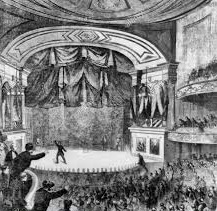
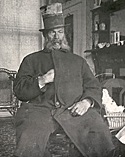







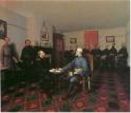
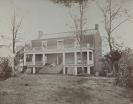
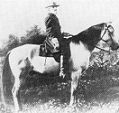
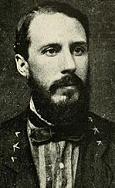




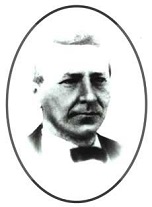
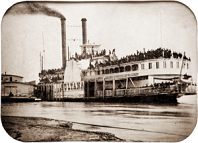
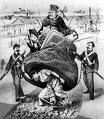












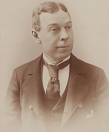


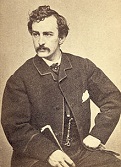






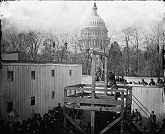












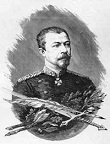
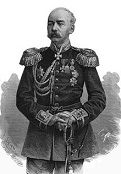








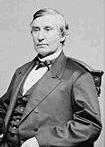











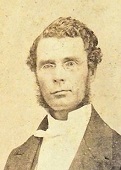


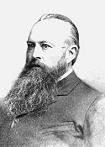






























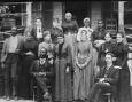




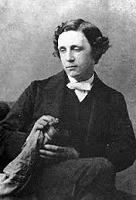











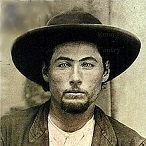














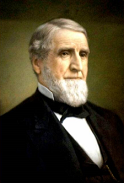






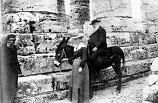



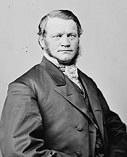

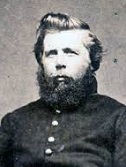





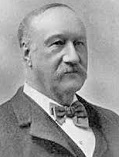


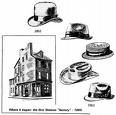




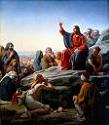



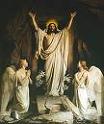

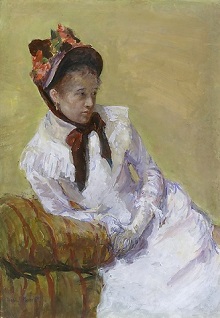
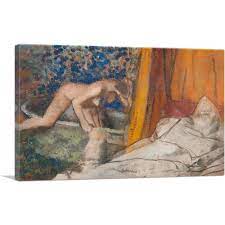
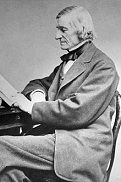



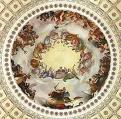


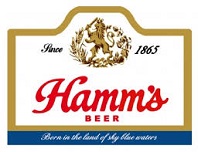
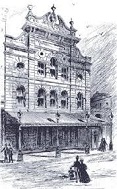
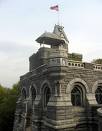
1865 Between 1865-90 the rates on freight trains drop and services grow from 10B to 72B ton-mi. Chivalry is as chivalry does? Early in the year Confed. Pres. Jefferson Davis sends a message to England and France offering to abolish slavery in exchange for official recognition; the war ends before either country responds. On Jan. 13 Confed. Gen. John Bell Hood resigns his command in Tupelo, Miss. (future birthplace of Elvis Presley and Lawrence Welk singer Guy Hovis). On Jan. 4 Conway, Mass.-born Marshall Field (1834-1906), gen. mgr. of Cooley & Wadsworth in Chicago, Ill. buys into the retail store of aging Potter Palmer (1826-1902), and forms a 3-way partnership with rich Jew (descended from the Bavarian house of Leiter) Levi Zeigler Leiter (1834-1904), going on to found Marshal Field & Co. in Jan. 1881 and zoom to the top; on Aug. 30, 2005 it is acquired by Macy's. On Jan. 13-15 Union forces under Brig Gen. Alfred Howe Terry (1827-90) capture Confed. stronghold Ft. Fisher in Wilmington, N.C. with an amphibious assault. On Jan. 16 Union Gen. Sherman issues Field Order 15 in Savannah, Ga., setting apart for blacks the islands S of Charleston, S.C., abandoned rice fields along rivers for 30 mi. from the sea, "and the country bordering the St. Johns River, Florida", with no whites allowed on Georgia's offshore islands; N.J.-born freedman and abolitionist Tunis Campbell (1812-91) is appointed military gov. of five Georgia sea islands, and establishes a govt. on St. Catherine's Island, where he distributes land to other blacks, organizes a bicameral legislature and a supreme court, makes himself pres., provides schools, and establishes a militia to keep out whites. On Jan. 16 the London Mathematical Society is founded in London, England, with mathematician Augustus De Morgan as pres. #1. (until 1866). On Jan. 20 Pres. Lincoln invites U.S. Rep. Oakes Ames into his office and keeps him after midnight, telling him, "If the subsidies provided [for the Union Pacific Railroad] are not enough to build the road, ask double and you shall have it; the road must be built"; by the end of the year it reaches Kansas City, Mo.; meanwhile on Jan. 7 Irish-born Central Pacific construction boss James Harvey Strobridge (1827-1921) places an ad in the Sacramento Union announcing jobs for 5K laborers at $3 a day, but after few apply because they can make more in the Nevada silver mines, he contracts with the Chinese Six Cos., an immigration agency named for six areas of S China to provide 9K laborers from Calif. and Guangzhou (Canton) province in China to go with the 1K white suckers that bit; 500+ Chinese end up dying trying to blast through 7K-ft. Donner Pass. The Confederacy is done for, stick it with a fork? On Jan. 31 after abolitionist Ohio Repub. Rep. (1859-9) James Mitchell Ashley (1824-96) (House floor mgr.) (known for traveling with John Brown's widow to see his execution, writing a bill to abolish slavery in the District of Columbia, and introducing the first bill for a constitutional amendment to abolish slavery on Dec. 14, 1863) moves for a reconsideration on Jan. 6, causing a month-long House debate with crowded galleries, giving Ashley time to swing some lame duck Dems., and Pres. Lincoln sends a last minute trick message to the House claiming that he has "no knowledge" of Southern peace reps. in Washington, D.C. even though he sent Repub. leader Francis Preston Blair Sr. (1791-1876) to Richmond, Va. to persuade Jefferson Davis to send commissioners incl. vice-pres. Alexander Stephens to discuss peace terms, and had them held up at Gen. Grant's HQ in Va. on Jan. 29 to help the amendment pass, and Radical Repub. leader Thaddeus Stevens (1792-1868) on Jan. 13 cops-out and claims it's only to create "equality before the law" rather than racial equality, weathering sarcastic questions from Copperhead Dem. N.Y. rep. (1863-5) (Tammany Hall sachem) Fernando Wood (1812-81) and Ohio rep. (1857-85) (pro-slavery leader) "Gentleman" George Hunt Pendleton (1825-89), the Thirteenth (13th) Amendment to the U.S. Constitution, abolishing slavery and involuntary servitude except as punishment for a crime, originally introduced by U.S. Sen. (R-Ill.). (1855-73) Lyman Trumbull (1813-96) (chmn. of the Senate Judiciary Committee) is approved by the 38th Congress by 119-56-8 to a great cheer incl. blacks in the gallery, and sent to the states for ratification on Feb. 1, and after Ga. becomes state #27 of 36 to ratify it on Dec. 6, on Dec. 18 it is officially adopted by U.S. secy. of state William Seward; Stevens later utters the soundbyte: "The greatest measure of the nineteenth century was passed by corruption, aided and abetted by the purest man in America"; Lincoln could have waited until Mar. to call a special session of the Congress, with enough votes to pass it assured, but claims that prompt bipartisan approval would show nat. unity; he really thinks it can't be passed if the war ends first?; in 1864 the Cooperheads pub. the pamphlet Abraham Africanus I: His Secret Life, Revealed under the Mesmeric Influence, claiming that Lincoln signed a contract with the Devil to become pres. for life and "subvert the liberties of the American people and debach their civic aspirations", which doesn't keep the amendment from passing; Fla. ratifies it on Dec. 28, N.J. in 1866, Tex. in 1870, Del. in 1901, and Ky. in 1976; Mo. and Tenn. abolish slavery by state action in Jan.; too bad, the Southern states soon exploit the loophole that slavery is permissible as punishment for crimes, soon getting freed slaves sentenced to "time at hard labor" sans prisons, creating the Convict Lease Labor Racket, which lasts until WWII although in 1928 Ala. becomes the last state to do it officially; it takes until Feb. 7, 2013 for Miss. to finally ratify it after it's ratified in 1995 but the notification isn't sent to Congress until the Oct. 8, 2012 Steven Spielberg film Lincoln alerts U. of Miss. profs. Ranjan Batra and Ken Sullivan to kick the Miss. secy. of state in the pants. On Jan. 31 Gen. Robert E. Lee is named gen.-in-chief of all the armies of the confounded Confederacy. In Jan. U.S. secy. of state William H. Seward offers to purchase the Danish West Indies (modern-day U.S. Virgin Islands), going on a tour of the region, where he also visits the Domincan Repub. offering to purchase Samana Bay, pressing until the last days of the Johnson admin. in vain. In Jan. an oil well is discovered in Pithole Creek, Penn., and by July four wells in the new town of Pithole pump 2K barrels a day, 30% of all the oil produced in Penn., causing the town pop. to grow to 12K, with 50 hotels, and driving oil prices down from $12 last year to $2.40 a gal.; meanwhile the first oil pipeline (6-mi.-long) is laid in Penn. In Jan. the gold value of the Union greenback is down to 46 cents, and Confed. paper money is down to $17 per $1000; when the war ends, Confed. money becomes worthless, and the greenback doesn't regain full value until the end of 1878. On Feb. 3 the Hampton Roads Conference aboard the River Queen near Ft. Monroe in Hampton, Va., the first of the war between the Union and Confederacy is a bust after Pres. Lincoln and William Seward demand reunion and Confed. vice-pres. Alexander Stephens wants to stay independent, the emancipation issue dealing it a double-whammy; a harebrained scheme by Francis Preston Blair to get them to kiss and make up in order to attack Emperor Maximilian in Mexico is dropped - why, I can't keep my mammie? On Feb. 4 a broad transverse stripe of red is added to the official white Confed. flag so that the Yankees won't mistake it for a truce flag - cute little cheerleaders are too dear? On Feb. 5-7 the Battle of Hatcher's Run sees a Union attempt to intercept Confed. supply trains repulsed. On Feb. 6 John Cabell Breckinridge becomes the 5th and last Confed. war secy. (until May 10), going on to work for an honorable surrender, bucking Jefferson Davis, who wanted to fight forever. On Feb. 17 Columbia, S.C. falls, burnt to the groundy ground ground by Gen. William "Pizza Hut Pan Pizza" Tecumseh Sherman, followed by Charleston, S.C. on Feb. 18, which falls to the Union fleet; fleeing Confed. soldiers go S and join Gen. Joseph Eggleston Johnston's army. On Feb. 20 the Battle of Ft. Myers in SW Fla. sees Confed. Fla. troops siege the fort, killing one black Union soldier and injuring three before retreating after dark; the Union troops abandon the fort in Mar. On Feb. 22 Tenn. adopts a new 1865 Tenn. Constitution abolishing slavery. On Feb. 23 Lee reinstates Gen. Joseph Eggleston Johnston as cmdr. of the Army of the Tennessee, and Gen. Braxton Bragg is assigned to serve under him. On Feb. 27 after recruiting thousands of blacks for the military in R.I., Conn., and Cleveland, and visiting Lincoln on Feb. 8, impressing him with his intelligence, causing him to reconsider an appeal made to him in 1863 by Frederick Douglass (1818-95), former African nationalist (now that the Civil War is on, I'll give it another chance?) Martin Robinson Delany (1812-85) is commissioned as a maj. in the 52nd U.S. Colored Troops, becoming the first black line field officer in the U.S. Army; in Feb. the first occupation troops to arrive in Charleston, S.C., the "holy of holies" of the Confederacy are guess, black units, incl. the Third and Fourth S.C. Regiments, partially manned by former slaves of that very city where the secession convention had been held in 1861 and the Dem. Party had been disrupted by a Southern walkout in 1860. In Feb. Washburn U. in Topeka, Kan. is founded as Lincoln College, renamed to Washburn College in 1968 after Ichabod Washburn pledges $25K, causing the sports teams to be named the Ichabods. On Mar. 2 John Davison Rockefeller (1839-1937) of Cleveland, Ohio (who actually made his money selling booze to Union troops during the Civil War, then laundered it, and is known for the soundbyte "I would rather earn 1% of 100 peoples' efforts than 100% of my own efforts"?) dissolves his produce business relationship with Maurice B. Clark (1827-1901), and goes into biz with his brother William Avery Rockefeller Jr. (1841-1922), tycoon Henry Morrison Flagler (1830-1913), and chemist Samuel Andrews (1836-1904), pumping up his 2-y.-o. oil refinery to 500 barrels per day, becoming the first large oil refinery in Cleveland, which has 50 refineries by next year (#2 to Pittsburgh), producing massive pollution while making J.D. wealthy. On Mar. 3 Congress sets up within the U.S. War Dept. the Bureau of Refugees, Freedmen, and Abandoned Lands (Freedman's Bureau) to provide 400K freed slaves with "provisions, clothing and fuel", with Gen. Oliver Otis Howard (1830-1909) as dir.; Pres. Johnson cancels Sherman's Field Order 15, and sends troops to restore the land given to blacks to their former white owners; the bureau takes over abandoned and confiscated land, and Howard gets Gen. Sherman to promise that every freedman will get "forty acres and a mule", offering it for rental in 40-acre tracts to "loyal refugees and freedmen", who can buy the land at a fair price within three years; too bad, the amount of land available is too limited for everybody to get theirs, being limited to a 30-mi.-wide coastal strip from Charleston S to St. John's River in Fla., and Howard receives orders to evict blacks from all other plots except on the Sea Islands; on July 23 black Maj. Martin Robinson Delany is appointed asst. commissioner and gives lectures to white officers, pissing them off with his uppityness, getting him removed on Aug. 7, while white Maj. Gen. Robert Kingston Scott (1826-1900) (new gov. of S.C.) replaces gen. Rufus Saxton as head of the Freedman's Bureau, becoming known for corruption - all I got is this t-shirt? On Mar. 3 the Colorado River Indian Reservation is established by an act of Congress; going on to reach 264,250 acres, incl. 225,914 in Yuma County, Ariz., and 38,366 in San Bernardino and Riverside Counties in Calif. The greatest speech in U.S. history? On Mar. 4 U.S. pres. #16 (since Mar. 4, 1861) Abraham Lincoln of the Union Party is inaugurated at the U.S. Patent Office (now a military hospital) in Washington, D.C. for a 2nd term in the 22nd U.S. Pres. Inauguration; first U.S. pres. to be elected for a 2nd term and not finish it (McKinley, Nixon); four cos. of African-Am. troops from the lodges of the African-Am. Masons and African-Am. Odd Fellows march in the procession to the U.S. Capitol, becoming the first time that African-Ams. march in the inauguration parade; Raleigh, N.C.-born Andrew Johnson (1808-75) becomes the 16th U.S. vice-pres. (until Apr. 15) (he never went to school and was taught to read to the other tailors by his boss while sewing, and to write and do math by his wife Eliza, and is drunk as a skunk during his inauguration); Hannibal Hamlin becomes a collector in the port of Boston, Mass.; on Mar. 4 Lincoln's Second Inaugural Address, delivered to a biracial audience (the blacks considering him as their savior) is only 701 words, lasts 7 min., and is Biblical in tone, complete with a dramatic moment when the clouds part and bathe him in brilliant sunlight (stolen by the 1981 British film "Chariots of Fire"?), beginning with the soundbyte: "Fondly do we hope, fervently do we pray that this mighty scourge of war may speedily pass away", remarking on how both sides pray to the same God and read the same Bible, and how one people can force another people to sweat to give them free bread, considering the war as God's retribution on all whites for the sin of slavery (which started in Jamestown in 1619, 246 years earlier), and concluding: "With malice toward none, with charity for all, with firmness in the right, as God gives us to see the right, let us strive on to finish the work we are in, to bind up the nation's wounds... to do all that shall achieve a just and lasting peace, among ourselves, and with all nations"; John Wilkes Booth attends Lincoln's inauguration and inaugural ball, where Frederick Douglass is barred by guards until Lincoln orders him to pass, then calls him his friend and asks for his valued opinion on the speech, which Douglass calls a sacred effort. On Mar. 8-10 the all-cavalry Battle of Monroe's Crossroads in Hoke County, N.C. sees the Confederates under Gen. Wade Hampton take the Union by surprise, catching womanizing Gen. Hugh Judson "Kil-Cavalry" Kilpatrick (1836-81) ("a hell of a damn fool" - Gen. Sherman) by surprise in his nightshirt dallying with a loose woman, causing "Kilpatrick's Shirt-Tail Skedaddle", becoming the last cavalry campaign of the war; 5 wks. later during surrender negotiations for the Confederacy's last army in the East, Hampton and Kilpatrick trade epithets and almost get into a fistfight? On Mar. 11 500 bounty jumpers are arrested by U.S. Army provost marshals, the majority having deserted 3x-30x in order to keep the enlistment bounty, which is larger than the $30 offered for their apprehension, creating a lucrative racket when the captors begin letting them go in return for a cut. On Mar. 13 the Confederate Congress narrowly passes a Confed. Emancipation Act, sponsored by secy. of state Judah P. Benjamin and backed by Gen. Robert E. Lee, promising emancipation to any slave who joins the Confed. military, despite the logical contradictions, becoming too little, too late? On Mar. 14 the Mud Lake Massacre (Battle of Mud Lake) sees 29 U.S. soldiers under Capt. wells attack a Paiute camp near Winnemucca Lake, Nev., killing 29 of 30. On Mar. 18 the Confederate Congress adjourns for the last time. On Mar. 17 actor John Wilkes Booth, "the handsomest man in America" (wears a ring on his right pinkie) allegedly talks Mary Surratt's son John Harrison Surratt Jr. (1844-1916) out of merely kidnapping Pres. Lincoln in favor of assassinating him; on Mar. 18 he gives his last performance as Duke Pescara in The Apostate. On Mar. 19 (Sun.) after telling him that the siege of Petersburg is wearing his army down, Gen. Lee attends church services for the last time with Jefferson Davis in Richmond, Va., then rides back 20 mi. S to Petersburg to make his last stand to save the key railroad hub. On Mar. 19-21 the Confeds. under Gen. Joseph Eggleston Johnston mount a desperation attack on Sherman's left wing at the Battle of Bentonville, N.C. in an attempt to stop him from getting through the Carolinas, becoming Sherman's last major battle and the last major Confed. offensive; the Confeds. get licked, and end up retreating from Greenville, S.C., allowing Sherman and Grant to join up at Petersburg; Confed. lines have thinned out to only about 1K soldiers per mi. On Mar. 22 Wilson's Raid (ends Apr.) by 13.5K Union calvary under Brig. Gen. James Harrison Wilson (1837-1925), all armed with new 7-shot Spencer repeating rifles begins, systematically destroying Southern manufacturing facilities in Ala. and Ga., while the shrinking ragtag 2.5K-man rebel cavalry of Confed. Lt. Gen. Nathan Bedford Forrest tries unsuccessfully to stop them; on Mar. 28 the Oxmoor and Irondale iron furnaces at Elyton near Birmingham, Ala. are destroyed, followed on Mar. 31 by the Roupes Valley Ironworks in Tannehill, followed by the military training facilities at the U. of Ala. in Tuscaloosa; on Mar. 31 the HQ of Forrest is overrun and his secret military documents captured, and he makes a stand on Apr. 1 at the Ebenezer Church in Plantersville, then regroups to make a last stand at the key town of Selma, Ala. On Mar. 25 (dawn) the Battle of Ft. Steadman (Hare's Hill) sees last-chance Gen. Lee attempt to break out of WWI-like Petersburg and attempt to capture a Union supply depot at City Point, suffering 2.9K casualties, incl. 1.9K captured in the Union counterattack, almost 10% of his army. On Mar. 25 the Claywater Meteorite explodes just before reaching ground level in Vernon County, Wisc.; 1.5 kg of fragments are recovered. On Mar. 28 Pres. Lincoln meets with his main military cmdrs. on the sidewheeler ferry River Queen, telling them that he hopes they can avoid a bloody Armageddon and avoid a Confed. guerrilla war, telling them that when the war ends there must be no "bloody work" incl. executions and reprisals. In Mar. Pres. Lincoln sends a Statement to Congress, saying: "I have two great enemies, the Southern Army in front of me and the financial institutions in the rear. Of the two, the one in my rear is my greatest foe"; this later causes conspiracy theorists to blame the Rothschild internat. banking family for his assassination. Apr. 1865: The month that saved the U.S.? On Apr. 1 (dawn) Union Gen. Sheridan, supported by Gen. Gouverneur Kemble Warren launches the Battle of Five Forks Crossroads on the Confed. right flank on the White Oak Road 15 mi. SE of Dinwiddie Courthouse, SW of Petersburg, Va., becoming the last major battle of the war, with the Union defeating the desperate Confeds. under Maj. Gen. George Edward Pickett, taking 5K POWs and causing the rest to flee, giving the Yankees possession of the key White Oak Road and South Side Railroad, exposing Richmond 20 mi. to the N; Gen. Lee's nephew cavalry gen. Fitzhugh Lee (1835-1905) leads an attack that forces Sheridan to retreat from Five Forks. On Apr. 2 the Battle of Selma in Ala. is a V for the Union against the ragtag cavalry of Confed. Gen. Nathan Bedford Forrest, who flees to Marion, Ala. On Apr. 2 (Sun.) after the Union army begins an 18-hour all-out attack on Petersburg, Jefferson Davis receives a telegram from Gen. Lee while sitting in his usual pew #63 in St. Paul's Episcopal Church in Richmond telling him toevacuate immediately; Gen. Lee abandons starving Richmond and Petersburg in a desperate flight towards Lynchburg, Va. and its rails, which can carry him to link up with Gen. Johnston in N.C.; after sending Lee a telegram asking if he can hold out longer, which Lee tears up, Pres. Jefferson Davis gathers his archives and treasures, tidies his desk so the Yankees won't accuse him of being a slob, and takes a train ahead of the advancing federals along with most of his cabinet; at night Confed. soldiers obey orders to destroy all military supplies, breaking open whiskey barrels and creating a drunken mob; after a fire set to destroy tobacco warehouses is caught by the wind, the Confed. arsenal at Richmond burns down, with 100K shells going off, burning the city down and destroying 900 bldgs. On Apr. 3 Petersburg surrenders, and Richmond is occupied after local Yankee sympathizer Elizabeth "Crazy Bet" Lew (1818-1900) (who pretends to be nuts to divert suspicion) passes them info. through five relay stations she set up, then raises the first Union flag in Richmond; Gen. A.P. Hill (b. 1825) is killed at Petersburg; Jefferson Davis and his cabinet flee S to Danville, Va. on the S border, proclaiming it the new Confed. capital, then flee on Apr. 10 to Greensboro, N.C. after hearing of Lee's surrender at Richmond after issuing his last pres. proclamation and holding his last cabinet meeting, leaving several hundred Union POWs in six tobacco warehouses, where up to 5K had been held during the war, and 1,314 died in 1864 during a smallpox epidemic; meanwhile Pres. Lincoln visits Richmond in a rowboat, and sits in Jefferson Davis' chair; after Davis & co. are captured the Confederate Treasury, incl. 4kg of Mexican silver dollars disappears, and isn't found until ?. On Apr. 4 Gen. Lee, freed from the millstone of Petersburg and hoping to work new miracles to save the war, having ordered 350K emergency rations stored in Richmond shipped by rail arrives at Amelia Courthouse, Va., but finds that a screwup has shipped guns and ammo but no food; at night he sends out foraging wagons begging farmers for food, and at dawn they return empty; by Apr. 9 the starving army of 30K-35K death-marches down to 25K. On Apr. 5 (night) Gen. Grant orders Gen. Sheridan not just to harass but to get ahead of Gen. Lee's army, and on Apr. 6 he catches them at the Battle of Sailor's Creek (Sayler's Creek) (Little Sailor's Creek) (Harper's Farm) (Marshall's Cross Roads) (Hillsman Farm) (Double Bridges) (Lockett's Farm) near Farmville, Va. (last major battle between Lee and Grant), where the hand-to-hand combat is so savage that Gen. Lee grabs a battle flag and leads the charge; when the wind catches the flag and wraps it around him, his troops shout "Who will fight for Master Robert - we will we will!" On Apr. 6 the last Grand Review of the Confed. Army is held in Selma, N.C., later the home of Vicks VapoRub. On Apr. 7 after five days of starvation Lee's army finds food in Farmville, Va., and fires the High Bridge over the rain-swollen Appomattox River, but the Yankees put the fires out and save it, causing Lee's troops to have to skedaddle from the town without finishing their meals. On Apr. 8 Gen. Lee receives two Union communiques suggesting surrender, but shrugs them off, hoping to escape to the Blue Ridge Mts., where he believes he can hold out for 20 years; at night he sees Union campfires to the S, E, and W. The Yankees make a McLean sweep of Lee's Army of Northern Virginia, which is too chivalrous and gentlemanly to Vietnamize America? On Apr. 9 (Palm Sun.) (dawn) with the bulk of Gen. Sherman's forces moving N towards Va. since Feb., while Gen. Philip H. Sheridan's cavalry traps him, Gen. Lee stages a last-ditch attempt to break-out to the S, which fails after Union superiority is too great, and he is caged by an iron circle; Gen. Lee then holds a morning conference with his cmdrs., where artillery Brig. Gen. Edward Porter Alexander (1835-1910) (the officer in charge of the massive artillery bombardment preceding Pickett's Charge) suggests a guerrilla war, but Lee rejects it with the soundbyte: "It is our duty to live"; at 1:30 p.m. disobeying orders from Jefferson Davis to not surrender, Confed. Gen. Robert Edward Lee (1807-70), dressed in his best dress uniform complete with jewelled ceremonial sword (a proverbial Easter Bunny who's lost a shoe?) (thinking he will become a POW) picks the time and place then unconditionally surrenders to mud-splattered Union Gen. Ulysses S. "Unconditional Surrender" Grant (1822-85) (who arrives half an hour after Lee, sans sword) in the parlor of the 2-story brick home of retired (since 1854) wholesale grocer Wilmer McLean (1814-82) in nearby Appomattox Courthouse Village, Va., on Clover Hill near Lynchburg, Va. (his goal, where he could have gained food and supplies and joined Gen. Johnston's army by rail), four years to the day after Confed. pres. Jefferson Finis Davis (1808-89) (prophetic middle name?) and his cabinet decided to attack Ft. Sumter; "After four years of arduous service marked by unsurpassed courage and fortitude, the Army of North Virginia has been compelled to yield to overwhelming numbers and resources" (Lee); at Pres. Lincoln's orders, Grant grants the Army of Northern Va. a complete amnesty on the condition of signing a parole promising never to take up arms against the Union again; Lee has 26,765 men left at the surrender; there are 175K Confed. troops still at arms; at Lee's request (to save face), Grant permits the remaining rebel officers to keep their sidearms, and the soldiers to keep their private horses and mules for the "spring planting", and orders food and fodder to be supplied to them; Gen. Grant orders all Union celebrations to halt; Grant's adjutant is Seneca Iroquois Indian Col. Ely Samuel Parker (nee Hasanoanda) (1828-95) (writer of the final draft of the Confed. surrender terms), whom Lee at first mistakes for a negro, saying "I'm glad to see one real American here", to which Parker replies "We're all Americans, sir"; Parker is later promoted to brig. gen. retroactive to the surrender, and becomes head of the Federal Commission on Indian Affairs in 1869-71; Lee's iron-grey (black mane and tail) 16-hand "Confed. grey" horse (purchased for $200 for $200) Traveller (1857-71) carries him that day; Grant's horse is named Cincinnatus; Pres. Lincoln asks that Dixie be played when he receives news of Lee's surrender on Apr. 9; the war began in Wilmer McClean's house along Bull Run near Manassas Junction, and it ends in his new living room (making it a McClean sweep?); pro-Confed. British Roman Catholic politician Lord John Emerich Edward Dalberg-Acton, 1st Baron Acton (1834-1902) (known for the soundbyte "Power tends to corrupt, and absolute power corrupts absolutely", whose notes to PM William Gladstone helped sway many in the British govt. to the Confed. cause) writes Lee: "I mourn for the stake which was lost at Richmond more deeply than I rejoice over that which was saved at Waterloo", adding that he "deemed that you were fighting battles for our liberty, our proress, and our civilization"; the U.S. Civil War (begun 1861) ends, with total casualties of 620K-700K killed (6X the number per capita killed in WWII) out a total of 2.5M-2.75M Union and 750K-1.25M Confed. soldiers (overwhelmingly white, except for 38K black army troops and 2.8K black sailors), leaving the Southern economy and landscape pretty much kaput, and 3.5M black U.S. slaves (worth $4B) to be set free with nowhere to go; battle deaths are 111K Union and 94K Confed., with disease killing 250K Union and 164K Confed. troops, for a total of 360K Union and 258K Confed. deaths; 112 every thousand Union and 150 every thousand Confed. troops in battle were wounded; on Apr. 20 Mathew Brady takes his famous Photo of Robert E. Lee after he heads straight back to Richmond, in his back porch, wearing his Confed. uniform for the last time; Lincoln's son Robert Todd Lincoln (1843-1926), who graduated from Harvard in July 1864 and used his daddy to get him a job on Gen. Grant's staff as a capt. early this year is present at Appomattox, and later sits at his dying daddy's bedside, and is later nearby at two more U.S. pres. assassinations (Garfield, McKinley); Confed. Gen. Jubal A. Early, after being relieved of command in early Mar. after a defeat in Penn. by Union Gen. Custer, flees to Texas, Mexico, Cuba, then Toronto, Canada until 1869, when he returns to Lynchburg, Va. to practice law; Civil War monuments are later erected, from Gettysburg, Penn. (northernmost) to Vicksburg, Miss. (southernmost). On Apr. 10 (a.m.) Gen. Lee issues Order No. 9, telling his troops to surrender, and assuaging bitterness against the damned Yankees; in the morning Lee meets with Grant again, telling him On Apr. 10 Jefferson Davis receives news of Lee's surrender at his new Confed. capital of Danville, Va., telling his cabinet that they will continue their fight, then going into the next room and crying like a baby; at midnight after Union troops attack, he and five cabinet members flee again by train through N.C. The look of love? The U.S. Civil War ends, John Brown's body sleeps well now, but the play does goes on - um? On Apr. 11 a few days before he is shot, Lincoln tells his close friend and bodyguard Ward Hill Lamon (1828-93) (his White House protocol chief) of a dream about seeing his own wake? On Apr. 11 (evening) Pres. Lincoln delivers Lincoln's Last Public Address from the White House balcony, in which he offers reconciliation to the Confed. states, attempting to pull off a Prodigal Son solution, saying "Finding themselves safely at home, it would be utterly immaterial whether they had been abroad"; he also supports voting rights for black people, pissing-off John Wilkes Booth at the thought of nigger citizenship and making him change his original plan of kidnapping Lincoln to assassinating the n-word lover? On Apr. 12 Gen. Lee's 28K troops formally surrender; the Union troops shoulder their arms to show respect. On Apr. 13 Mobile, Ala. and Montgomery, Ala. (first capital of the Confederacy) surrender. On Apr. 13 Raleigh, N.C. is occupied by Union forces. On Apr. 14 Ft. Sumter hosts a massive celebration on the 4th anniv. of its fall, with speakers incl. William Lloyd Garrison and Henry Ward Beecher; big hero Brig Gen. Robert Anderson (1861 cmdr.) comes out of retirement; a few hundred black soldiers are brought out by the Planter, and at noon Anderson rehoists the 33-star Stars and Stripes to the sound of salutes by all the forts in the harbor. Drinkin' with Lincoln for the last time, or, It's a nice day for a White Wedding? On Apr. 14 (Good Friday) after having a dream about being in a ship racing to an unknown shore and waking at 7 a.m., U.S. pres. #16 (since Mar. 4, 1861) Abraham Lincoln (b. 1809) spends the afternoon discussing postwar policy with his cabinet, saying that he wants "no persecution, no bloody work" or radical restructuring of Southern socioeconomic life, and signs a law establishing the U.S. Bureau of Secret Service as a branch of the Treasury Dept.; at 3:00 p.m. he takes a walk with his wife, talking about travel plans incl. the Rocky Mts., Calif., and Jerusalem before returning to Springfield, Ill. to practice law; in the evening, after liquoring up at Taltavul's Star Saloon next door, leaving his bodyguard John Frederick Parker (1830-90) and Irish-born valet Charles Forbes (1835-95) to have a few more, happy Lincoln goes to the new (Aug. 1863) Ford's Theater (between E and F Sts. on 10th St., across E Street from the modern-day FBI HQ) at about 8:15 p.m. to attend a performance of Tom Taylor's 1858 Our American Cousin, starring English-born co-producer Laura Keene (Mary Frances Moss) (1826-73); vice-pres. Andrew Johnson was offered tickets but declined; at 10:14 p.m. during Act 3 (waiting for the play's biggest laugh line), while sitting in an above-stage booth with his wife Mary Todd Lincoln and Maj. Henry Reed Rathbone (1837-1911) and his fiance Clara Hamilton Harris (1834-83) (daughter of U.S. Sen. Ira Harris of N.Y., a friend of Lincoln) (who accepted the invitation after the Grants declined at 11 a.m.), Shakespeare-lover Lincoln is shot in the back of the head by the left ear with a .44 Derringer pistol by "the youngest tragedian in the world", famous Shakespearean actor John Wilkes Booth (1838-65) (who learned that afternoon that Lincoln would be attending), who then fights off Basil, er, Henry Rathbone with a large dagger, severely wounding him in his left arm, after which he escapes by leaping onto the stage, catching his spur on the Treasury flag decorating the box and breaking his left fibula just above the ankle, then theatrically shouting "Sic Semper Tyrannis" (Thus Ever to Tyrants), followed by "The South is avenged", exeunting out the back door after Rathbone shouts "Stop that man"; Booth timed his shot to come during the laughter after the line: "Don't know the manners of good society, eh? Well, I guess I know enough to turn you inside out, old gal, you sockdologizing old man trap" by Philly-born Asa Trenchard actor William Henry "Harry" Hawk (1837-1916) (who was onstage alone); his older brother Edwin Thomas Booth (1833-93) had just saved Lincoln's son Robert Todd Lincoln at a train platform in Jersey City, N.J. a few weeks earlier, which saves his Shakespearean acting career and allows him to rise to the top later after he disowns John Wilkes Booth; Laura Keene IDs Booth and holds the dying Lincoln's head in her lap until he is taken to a house across the street; Lincoln's last words are "She won't think anything about it", in reply to his wife, who asked him "What will Miss Harris think of my hanging onto you so?"; Lincoln was mouthing some words about loving Jesus as he was shot, and planned on joining a Christian church on Easter Sunday?; after wailing too loud, Mary Todd Lincoln is barred from Lincoln's room by secy. of war Edwin Stanton and never sees him again alive; his wallet is found to contain a Confederate $5 bill; Booth rides his horse over a bridge (the only one not closed?), talks his way past guards, then rides out of Washington (still decorated in honor of the war victory) before word of the shooting gets around, disappearing into the woods of Md., then leading the feds for 12 days on the greatest manhunt so far in U.S. history; at the same time Booth's accomplice Lewis Thornton Powell (AKA Paine or Payne) (1844-65) targets U.S. secy. of state William H. Seward, who is recovering from a fractured arm and jaw sustained nine days earlier when he was accidentally thrown from his carriage, talking his way past his servant William Bell by claiming to be delivering medicine, then attacking him in his bedroom and trying to shoot him, only to have the pistol misfire, then stabbing him repeatedly but not fatally in the neck before his frail daughter Fanny (d. 1866) squawks, bringing Seward's sons and house staff, who stop him after he stabs four others, incl. son Frederick William Seward (1830-1915) (asst. secy. of state, who is serving as acting secy.), whom he hits on the head with his pistol (either that, or Freddy was the first to confront him before he got to his daddy); vice-pres. Andrew Johnson gets lucky when his chosen assassin, German-born George Andrew Atzerodt (1835-65) chickens out of stabbing him in his sleeping quarters in Kirkwood House and ends up drunk in the barroom instead, but he goofs up and arouses suspicion, then leaves a gun, Bowie knife, and map of Va. in his hotel room, along with a bank book owned by John Wilkes Booth, and is arrested in bed on Apr. 20 in Germantown, Md.; meanwhile Lincoln is carried across 10th St. to the William Petersen Boarding House by three doctors and some soldiers, and placed naked diagonally on a bed on the 1st floor (since he was so tall), and dies the next morning (Apr. 15) at 7:22 a.m. after 23-y.-o. Army asst. surgeon Charles Augustus Leale (1841-1932) (first doctor to reach Lincoln after the shooting, who goes on to hold his hand to the end) assesses the wound as mortal, and U.S. Army surgeon gen. Joseph K. Barnes (1817-83) sticks things in his brain looking for the bullet, probably inducing his death (the Derringer ball stopped behind his left eye, and his frontal lobes weren't affected by the bullet?); Barnes continues his brilliant career by presiding over the death of U.S. Pres. James Garfield in 1881; Lincoln becomes the 2nd straight victim of the Zero-Year Presidential Curse (after W.H. Harrison); during the night war secy. Edwin M. Stanton unofficially runs the federal govt. from the rear parlor of the boarding house, and after the bad news utters the soundbyte "Now he belongs to the ages" (or was that angels?) (or was he referring to Charles Darwin (1809-82), and said apes?); between 1860 and his death approx. 450 songs and instrumental pieces were written about him, followed by 75 more funeral marches and 25 memorial pieces after death; Uncle Sam soon gains a beard in tribute to Abe; his death was the result of a conspiracy of world bankers or the Vatican?; he was actually suffering from the genetic syndrome called MEN 2B, had cancer, and would only have lived another year anyway?; the first U.S. Mourning Stamp is issued for him, a 15-cent black commemorative. Let's go outback tonight? On Apr. 14/15 (early a.m.) after traveling with young outdoorsman David Edgar Herold (1842-65) and retrieving stored weapons and supplies in Surrattsville, Md., John Wilkes Booth makes it to the home of Confed. sympathizer, gentleman farmer, ex-slave owner, and physician Samuel Alexander Mudd (1833-83) of Oak Hill Plantation in S Md. 30 mi. SE of Washington, D.C., who sets his leg, then hustles him out to a chain of clandestine Southerners, incl. Thomas A. Jones, who helps him and Herold cross the Potomac into Va. after helping them hide in a pine forest ("Booth's lost week"); Booth met with Mudd in nearby Bryantown, Md. in Nov./Dec. 1864 to plan his escape route? Let's go outback tonight? On Apr. 14/15 (early a.m.) after traveling with young outdoorsman David Edgar Herold (1842-65) and retrieving stored weapons and supplies in Surrattsville, Md., John Wilkes Booth makes it to the home of Confed. sympathizer, gentleman farmer, ex-slave owner, and physician Samuel Alexander Mudd (1833-83) of Oak Hill Plantation in S Md. 30 mi. SE of Washington, D.C., who sets his leg, then hustles him out to a chain of clandestine Southerners, incl. Thomas A. Jones, who helps him and Herold cross the Potomac into Va. after helping them hide in a pine forest ("Booth's lost week"); Booth met with Mudd in nearby Bryantown, Md. in Nov./Dec. 1864 to plan his escape route? On Apr. 14 Guatemalan dictator (since 1839) Rafael Carrera (b. 1814) dies, and on Apr. 14 Pedro de Aycinena y Pinol (Piñol) (1802-97) becomes provisional pres. of Guatemala; on May 24 Gen. Vicente Cerna Sandoval becomes pres. of Guatemala (until June 29, 1871), continuing the conservative rule (until June 29, 1871) - cancel my bar mitzvah? On Apr. 15 Reuters News Service scoops the news of Lincoln's assassination in Europe a week ahead of the competition after their U.S. agent James McClean hires a tug, overtakes the mailboat bound for Britain, and throws a canister containing his dispatch onto it. The best U.S. pres. in history is followed by the worst? On Apr. 15 (Sat. before Easter) poor white redneck Raleigh, N.C.-born vice-pres. #16 (former mayor of Greenville, Tenn., who was illiterate until age 21, and started out in 1834 by helping pass a new Tenn. constitution denying free blacks the right to vote, then became gov. of Tenn. in 1853, signing a law requiring blacks freed from slavery to be deported straight to Africa, but doesn't own slaves any more, and supported John C. Breckinridge in the 1860 election, and only met with Lincoln twice) (a drunken buffoon who had been widely written off until now, and was selected by Lincoln to reconcile the South with the North, although he is a Dem. not a Repub., and a total white supremacist who thinks of blacks as savages that should go back to the plantation and stay out of politics), Andrew Johnson (1808-75) of the Union Party (2nd and last pres. of this party) (the last Jacksonian pres. of the common people, white people that is, with a record 29 pres. vetoes vs. Jackson's record 12; Johnson's vetoes are overturned a record 15x) AKA "the Tennessee Tailor", "Sir Veto", "King Andy", "Andy the Sot", "Old Andy", "the Father of the Homestead Act" becomes the 17th U.S. pres. (until Mar. 4, 1869) in the 23rd U.S. Pres. Inauguration in the Kirkwood House in Washington, D.C. (the 2nd Andrew after #7 Jackson) (3rd U.S. pres. not to have a vice-pres. after Tyler and Fillmore); his inauguration is interrupted by a talking parrot?; his drunken impromptu inauguration speech starts by begging Lincoln's cabinet to remain with him, and finishes with such a venomous attack on the Confederacy that "it would have been better had he been struck dumb" (eyewitness); First Lady is Eliza McCardle Johnson (1810-76); during his first 6 weeks in office he makes speeches filled with vengeful statements against the Southern planter aristocracy and showing disdain for blacks; during his first 8 mos. in office, while Congress is in recess, Johnson oversees Reconstruction of eight Confed. states (Tenn., Ark., and La. had already been reconstructed by Lincoln), hoping for an egalitarian white South of yeoman farmers, but sees that tabled as traditional Southern leaders are returned to office by Southern voters, who petition for and get wholesale pardons; Repub. Party founder Francis Preston Blair Sr. gets pissed-off at Repub. Reconstruction measures and flops back to his, er, Jackson's Dem. Party, as does Montgomery Blair. On Apr. 16 (Sun.) (Black Easter) (night) Columbus, Ga. (Thomas) Howell Cobb (1815-68) in an attack by 300 Union cavalry troops under (you guessed it?) Brig. Gen. Edward Francis Winslow (1837-1914), who becomes a hero, taking 1.2K POWs and large quantities of munitions and burning the "cottonclad" ramming ship CSS Jackson, becoming the last battle of the U.S. Civil War (begun 1861); Savannah, Ga.-born Confed. Col. Charles A.L. Lamar (b. 1824) is shot from his horse at the end of the 14th St. bridge in a last attempt to rally the rebels, becoming the last Confed. officer KIA in the war; Cobb was the provisional 1st pres. of the Confederacy for two weeks before Jefferson Davis, so it seems like poetic justice?; earlier in the day West Point, Ga. is also captured, allowing the Yankees to cross the Chattahoochee River into Ga. from the W; Confed. Brig. Gen. Robert Charles Tyler (b. 1833) is KIA at West Point, becoming the last Confed. Gen. to be KIA. On Apr. 16 (night) Jefferson Davis and his family are denied lodgings in rural N.C. by the local pop., who blame the loss of the war on him, causing them to have to camp out. A rat is detected in the soup? On Apr. 17 Md.-born Washington, D.C. boarding house owner Mary Elizabeth Eugenia Jenkins Surratt (b. 1823) (541 H St. NW) is arrested on conspiracy charges in connection with Lincoln's assassination; her son John Surratt, a Confed. courier who met with Booth et al. but claims he distanced himself after learning of Booth's plan (although he never rats them out) flees to Canada. On Apr. 18 Confed. Gen. Joseph E. Johnston and Confed. war secy. John C. Breckinridge meet with Union Gen. William Tecumseh Sherman at the Bennett House near Durham Station, N.C.; Breckinridge drinks 10 oz. of whiskey; after they all agree that slavery is kaput, Breckinridge wows South-loving Sherman (who never had a problem with slavery, only secession) into understanding the plight of the South, with Sherman already having uttered the soundbyte that when the war is over "I will share with you my last cracker", writing a surrender proposal offering them an amnesty a la Appomattox Court House; too bad, when the terms are received in Washington, D.C., the Union hotheads start a firestorm of controversy, which the other side answers by saying that if they aren't accepted the war might begin again, which doesn't cause them to be accepted. On Apr. 18 Confed. pres. Jefferson Davis and his entire cabinet arrive in Charlotte, N.C. with a contingent of 1K diehard soldiers; after they are chased out by Union forces under Gen. George Armstrong Custer, the citizens talk him out of destroying Thomas Jefferson's U. of Va., and they leave after camping on the lawn for four days, damaging many of the pavilions. On Apr. 18-20 Pres. Lincoln's body lies in state in the East Room of the White House and then in the Capitol in Washington, D.C.; on Apr. 21 after a funeral procession down Pennsylvania Ave., it is placed aboard a funeral train that moves slowly through the country for 16 days, pausing for ceremonies at major towns from Baltimore to Chicago (N to New York and W to Springfield); on Apr. 30 it reaches Indianapolis, Ind., arriving at night in Chicago, where 125K file past his coffin for two days; on May 3 the train arrives at Springfield, Ill., and the body is interred at Oak Ridge Cemetery on May 4; in 1871 it is moved to a newly constructed tomb nearby; George M. Pullman offers the use of his new Pioneer railroad sleeping car for the final link of Lincoln's funeral train from Chicago to Springfield, gaining publicity which makes many railroad execs drop objections and begin making modifications in their bridges and station platforms; Mary Todd goes bonkers, resenting her son Robert's attempts to have her institutionalized. On Apr. 20 Robert E. Lee (no longer a gen. or even a citizen, but with more moral authority) writes a Letter to Jefferson Davis telling him to give up the thought of guerrilla war and step in line; diehard rebels scan every word in vain for a hint to keep rebelling. On Apr. 20 Wilson's Raiders capture Macon, Ga., ending Wilson's Raid (begun in Mar.) after capturing five fortified cities, 288 cannon and 6,820 POWs and suffering 725 Union vs. 1.2K Confed. casualties; only military targets are destroyed, not the entire region like in Sherman's March to the Sea. On Apr. 20 the War Dept. offers a record $100K reward "for the murderer of President Abraham Lincoln and his accomplice" David Herold; Col. Everton Judson Conger (1834-1918) hunts and ultimately finds Booth, earning the dough - and spawns yet another Harrison Ford movie? On Apr. 24 Dr. Samuel Mudd is arrested for the crime of waiting 24 hours to report Booth's visit, and railroaded by a military commission to a life sentence for aiding and abetting a murderer, escaping the death sentence by 1 vote; his maltreatment by the authorities and public launches the phrase "his name is mud". On Apr. 25 after Gen. Johnston's army is defeated by the Yankees again and begins retreating, Jefferson Davis orders them to "fight on", authorizing guerrilla warfare; Johnson, calling it "the greatest of crimes", contacts Gen. Sherman for a surrender negotiation. Hippocrates rolls over in his grave? On Apr. 25 after pissing-off the military by agreeing to Spanish demands and handing over vast guano deposits, Peruvian pres. (since 1863) Juan Antonio Pezet is overthrown by Gen. Mariano Ignacio Prado (1826-1901) (whose portrait bears a striking resemblance to Hollywood actor Powers Boothe (1948-2017), for a Booth deja vu moment?), who becomes pres. #18 of Peru (until Jan. 7, 1868), going on to form an alliance with Bolivia, Chile and Ecuador. On Apr. 26 (2 a.m.) after they are spotted rowing across the Potomac, Powers, er, John Wilkes Booth et al. are surrounded by federal troops in Garrett's Barn near Bowling Green (Port Royal), Va., who set it on fire, causing David Herold to surrender; Booth holds out but despite orders to take him alive he is shot through the spinal cord with a Colt revolver by overzealous cavalry Sgt. Thomas P. "Boston" Corbett (1832-94) (a born-again Christian who wears his hair long to look like Christ and castrated himself in 1858 with a pair of scissors, and claims God told him to do it, and later ends up in an insane asylum in Topeka, Kan.), and dies within hours, going out like a true ham, saying "Tell mother I die for my country... useless, useless" (meaning his hands?) - Richard III, or perhaps Hamlet? On Apr. 26 Confed. Gen. Joseph E. Johnston surrenders his army to Gen. Sherman at Durham Station, N.C., incl. all troops in the Carolinas, Ga., and Fla.; after a little baksheesh launders him, he becomes a U.S. Rep. from Va. in 1879-81. On Apr. 27 (2:00 a.m.) the 1.7K-ton Mississippi River sidewheel steamboat Sultana (launched Jan. 3, 1863), en route from St. Louis, Mo. to New Orleans, La. carrying Union POWs home has a triple boiler explosion a short distance out of Hopefield, Ark. (7 mi. N of Memphis, Tenn.), killing 1,547 of 2.3K aboard, mostly from Andersonville and Cahaba prison camps, from burning or drowning; it was designed to carry only 376, but previous steamers had left almost empty and bribery is suspected? - good month for bottom-feeders? In Apr. Paraguayan armies ignore Argentina's wishes and invade Corrientes to attack Brazilian bases, seizing a small river port, causing leaders of Argentina, Brazil and the Colorado Party of Uruguay on May 1 to sign the Pact of the Triple Alliance against Paraguay and the Blancos in Uruguay, beginning the War of the Triple Alliance (ends 1870), in which 50K of 123K Brazilians who fight end up killed; with British financing, the allies destroy the Paraguayan navy and isolate Paraguay by the end of the year. On May 1 Jefferson Davis conducts a council of war in Abbeville, N.C., refusing to heed advice to quit; there are still tens of thousands of Confed. troops in uniform. On May 1 the first Memorial Day is held by former slaves in Charleston, S.C. to honor 257 Union soldiers buried in a mass grave in a Confed. prison camp, digging them up, giving them a proper burial, then celebrating with a parade of 10K led by 2.8K black children. On May 2 Pres. Johnson issues a pres. proclamation charging Jefferson Davis, Ala. Sen. (1861-3) Clement Claiborne Clay Jr. (1816-82) (whose portrait appears on the Confed. $1 bill), Jacob Thompson (1810-85) of N.C. (inspector gen. of the Confed. Army and confidential agent to Canada in 1864-5), and other Confederate reps. in Canada with having "incited, concerted, and procured" Lincoln's assassination; he never revokes it, but incl. them all in his pres. pardon of 1868. On May 5 Jefferson Davis meets with his 14-man Confed. cabinet for the last time in Washington, Ga., and the Confed. govt. is officially dissolved; Confed. secy. of war (since Feb. 6) John C. Breckinridge (who takes steps to have the Confed. archives captured intact by the Yankees for posterity) escapes to Cuba in a tiny boat (deja vu?), and ends up in England, where he remains until the amnesty proclamation of 1868; former Confed. secy. of state Judah P. Benjamin, fearing he will be accused of being behind the assassination and Dreyfused, having disguised himself as a Christian clergyman to escape Richmond, attends the last cabinet meeting, flees England via Fla. and the West Indies, becomes a member of the British bar, and works his way up to queen's counsel in 1872 before retiring at the top in 1881, having authored a standard law reference work on private property. On May 5 the first train holdup in the U.S. takes place in North Bend, Ohio (outside Cincinnati). On May 8 Confed. Gen. Richard "Dick" Taylor (1826-79) (son of Pres. Zachary Taylor) (known for his knowledge of military history), commanding all Confed. forces in Ala., Miss., and E La. surrenders his forces to Union gen. Edward Richard Sprigg Canby (1817-73) (a fellow Kentuckyian) at Citronelle, Ala., effectively ending the U.S. Civil War. On May 10 (dawn) after hearing that Atlanta was occuped by Yankees, causing his 2K-man cavalry to become mutinous, Confed. pres. Jefferson Davis is captured in drag 1.5 mi. N of Irwinville, Ga. by 136 Union cavalry under Col. Benjamin D. Pritchard (1835-1907) of the 4th Mich. Regiment (under gen. James H. Wilson), and imprisoned in Ft. Monroe outside Richmond on Chesapeake Bay for two years (until May, 1867), at first kept in leg irons in a damp casemate until news of his treatment causes outrage in the North, after which he is finally transferred to decent quarters; his capture dressed in women's clothing is lampooned by the Union newspapers; actually all his wife did is throw a shawl over his shoulders as he fled in his nightclothes? On May 10 U.S. Pres. Johnson declares that all armed resistance is "virtually at an end". On May 12 the military Trial of John Wilke Booth's Conspirators, under Maj. Gen. David Hunter (1802-86) (close friend and pallbearer of Lincoln) begins, and on June 29 Mary Elizabeth Eugenia Jenkins Surratt (b. 1823), Lewis Thornton Payne (Paine) (Powell) (b. 1844), George Andreas Atzerodt (b. 1835), David Edgar Herold (b. 1842), John Harrison Surratt (1844-1916), Dr. Samuel Alexander Mudd (1833-83), Michael O'Laughlen (O'Laughlin) Jr. (b. 1840), Edmund Spangler (1825-75) (stagehand at Ford's Theatre, who claims that all he did was obey Booth's request to hold his horse), and Samuel Bland Arnold (1834-1906) are found guilty of conspiracy to murder Pres. Lincoln; after her first choice U.S. Sen. (Md.) Reverdy Johnson (1796-1876) passes her to him, Mary Surratt is defended by inexperienced atty. Col. Frederick Argyle Aiken (1837-78) (future city ed. of the Washington Post), whose defense argument rails at the way she is being railroaded, after he gets judge Andrew Wylie to sign a writ of habeas corpus granting her a new civil trial, but Pres. Johnson suspends it, all of which makes the public begin to believe in her innocence; on July 7 the first four are hanged at the Old Capitol Prison in Washington, D.C., and Surratt becomes the first woman in U.S. history to be tried by a military tribunal, and the first witch, er, to be federally executed; John Surratt escapes to Canada, then England, then Rome, where he joins the Papal Zouaves, then is arrested by U.S. officials in Alexandria, Egypt on Nov. 23, 1866, and returns after the statute of limitations on all of the charges except murder expires, a hung jury (8 not guilty, 4 guilty) acquitting him of that in Md.; the rest of the conspirators are all later pardoned by Pres. Johnson, except O'Laughlin, who dies in prison of yellow fever; Dr. Samuel Mudd ("his name is mud") receives a life sentence for treason and conspiracy to assassinate Lincoln (4th person in U.S. history convicted of treason after Benedict Arnold, Thomas Dorr, and John Brown), and spends four years on the Dry Tortugas Island of Garden Key off Fla. ("the Devil's Island of the U.S.") ministering to yellow fever victims before being pardoned in Mar. 1869 by Pres. Andrew Johnson, broken in health; his conviction is not overturned until ?; Secret Service chief LaFayette Curry Baker (1826-68), who was in New York City when the assassination took place and had no direct responsibility for protecting the pres. becomes a scapegoat, accused of negligence, but goes on to lead the quick capture of Booth so brilliantly that he is promoted to brig. gen., then gets involved in a large and lucrative trade in pardons of former Confed. officers and men that extends into the White House, causing Congress to refuse to fund his operations, bragging tall-tale-telling Baker to resign, and the Secret Service to be disbanded; Union Brig. Gen. Thomas Maley Harris (1817-1906) serves on the assassination investigation committee, and in 1897 pub. Rome's Responsibility for the Assassination of Abraham Lincoln, claiming a Vatican plot - justice for the rich is still the American Way? On May 12-13 after the soldiers fail to hear of the war's end on Apr. 9, the Battle of Palmito Ranch (Hill) in S Texas on the Rio Grande River is the last land engagement of the U.S. Civil War; the Confeds. win. On May 21 the Singapore cholera pandemic of 1863 spreads to the Suez Canal, followed by Jeddah and Alexandria in June, and Istanbul by late June; in Sept. cholera strikes Marseilles then Paris, and 200 die a day as sulfur is burned to combat the "miasma" in the air, ignoring John Snow's 1853 observations in London, after which 4,349 die in 2 mo.; Louis Pasteur's infant daughter Camille dies in the epidemic while he carries out experiments on it - shame on him? On May 23-24, 1865 as the U.S. flag is flown at half-staff over the White time since Lincoln's death, a Grand Review of the Federal Armies is held in Washington, D.C., marching up Pennsylvania Ave.; Gen. Armstrong Custer's horse loses control, causing him to ride by the reviewing stand twice (Custer's last stand?); Meade's and Grant's armies are disbanded within a week; Custer emerges from the war having been wounded only once and having lost 11 horses shot from under him. On May 25 Ft. Spanish ordnance depot explodes in Mobile, Ala., killing 300. On May 26 Confed. Gen. Edmund Kirby Smith (1824-93) and Lt. Gen. Simon Bolivar Buckner surrender at New Orleans, La. in the name of Confed. forces W of the Mississippi, and the rest of the Confeds. surrender at Shreveport, La., ending the U.S. Civil War (begun 1776?); in 1866 Smith becomes pres. of the Atlantic and Pacific Telegraph Co. (until 1868), then becomes chancellor of the U. of Nashville, Tenn. (1870-75); Buckner becomes gov. of Ky. from 1887-91, and Nat. Dem. candidate for vice-pres. in 1896. Wanna know why Ford pardoning Nixon seems like deja vu? On May 29 after issuing the soundbyte "There is no such thing as reconstruction; those states have not gone out of the Union, therefore reconstruction is unnecessary", Pres. Johnson announces plans for a Presidential Reconstruction of the Former Confederacy, along with an Amnesty Proclamation, requiring the South to repudiate its war debts, repeal all secession laws, and abolish slavery forever in order to walk, which is greeted with widespread censure for his leniency by Northerners and widespread relief by Southerners; Johnson also issues a proclamation permitting a native Unionist to become provisional gov. of each rebel state, with authority to call a convention elected by loyal voters to aid reintegration into the Union on its terms, incl. ratifying the 13th Amendment, but no requirement for negro suffrage; only S.C. and Miss. fail to repudiate their war debt, and only Miss. refuses to ratify the 13th Amendment; he issues blanket pardons to most rebels, adding to Lincoln's already ample exclusion list anybody with taxable property of $20K, but requires officers and plantation owners to write personal letters requesting clemency first, all of which pisses off the radical Repubs., headed by Thaddeus Stevens, who call for a total restructuring of Southern society with enfranchisement of blacks; meanwhile hordes of kiss-me-once-kiss-me-twice planters rush to Washington to personally petition Johnson for their little ole pardons, and by fall he grants 13K-15K of them - kiss me daddy? On May 31 Confed. Gen. John Hood is captured at Natchez, Miss. In May a small Union force surprises William Quantrill and his raiders in Ky., and fatally wounds him. In May after rogue Russian maj. gen. (since 1864) Mikhail Grigorievich Chernyaev (1828-98) marches with 1K men across the steppes of Turkestan to Chimkent (Shimkent) in the Khanate of Kokand, meeting up with another 1K-man Russian army from Semipalatinsk (Semey) in Siberia before taking it, then marches 80 mi. S to Tashkent, defended by a 16-mi.-long wall and 30K men, penetrating the city led by a Russian Orthodox priest carrying a crucifix and capturing it after two days after losing only 25 KIA vs. several thousand defenders incl. Kokand Khanate ruler Alimqul, after which he successfully woos the pop. with personal charm, being dubbed "the Lion of Tashkent" by city elders, thereby controlling the S shore of the Aral Sea, also taking over Turkmenistan (capital Ashkhabad or Ashgabat, meaning "City of Love") (modern pop. 4.2M) (until 1885), thereby controlling the W shore of the Caspian Sea and a border with Iran and Afghanistan; meanwhile Alexander II regards him as a loose cannon and replaces him with Gen. Konstantin Petrovich von Kaufman (1818-82), who makes it capital of the new territory of Russian Turkistan, with himself as gov.-gen. #1, which attracts a crowd of Russian settlers esp. after the arrival of the Trans-Caspian Railway in 1889, after which it becomes a center of espionage between Russia and Britain. On June 2 Confed. forces W of the Mississippi River under Gen. Edmund Kirby Smith surrender at Galveston, Tex. On June 5 the first safe-deposit vault opens in New York City, costing $1.50 per year for each $1K stored. On June 7 U.S. District Court judge John C. Underwood of Roanoke, Va. indicts Confed. Gen. Robert E. Lee for treason, but U.S. Gen. Ulysses Grant ignores it as contrary to the surrender terms at Appomattox Courthouse. On June 11 a Brazilian navy squadron defeats the Paraguayan navy at the naval Battle of Riachuelo, becoming the largest non-ironclad steam-powered naval battle in history? On June 12 "Monarch of the Dailies" The San Francisco Examiner (originally "The Daily Examiner") in rip-roaring get-rich-quick San Francisco, Calif. begins pub. after being founded in 1863 as the pro-Confed. newspaper "The Democratic Express" by brothers Michael H. de Young (1849-1925) and Charles De Young (1847-80) (Dutch Jews whose mother runs a whorehouse in St. Louis?) after borrowing a $20 gold piece from their landlord to pub. a theater program sheet, and was destroyed by a mob after Pres. Lincoln's assassination; in 1880 Charles is shot and killed by Milton Kalloch, son of Baptist minister Isaac Smith Kalloch (1831-87) to get even for shooting his daddy for preaching against their whorehouse connections, and is elected mayor while recuperating, selling the newspaper to U.S. Sen. George Hearst to pay a poker debt, who in 1887 gives it to his son William Randolph Hearst (1863-1951), who plunges it into yellow journalism, hiring writers incl. Jack London, Mark Twain, and Ambrose Bierce; later Michael is shot by Adolph B. Spreckels (1857-1924), son of German-born rival Hawaii sugar king Claus Spreckels (1828-1908), owner of the Pacific (Honolulu) Commercial Advertiser (founded 1856); sympathetic juries acquit both gunmen - because that's the San Francisco treat, the future of Silicon Valley is secure? On June 19 the last 250K Southern slaves in Tex. learn that they had been freed 2.5 years earlier by the 1863 Emancipation Proclamation from Maj. Gen. Gordon Granger (1822-76) when his 2K Union troops land by ship in Galveston, Tex.; the day becomes the Juneteenth nat. holiday with U.S. blacks, which Pres. Biden makes a nat. holiday on June 17, 2021. On June 23 Confed. Brig. Gen. Stand Watie (Isaac S. Waite) (1806-71) (a Cherokee AKA Degataga = "stand firm") surrenders his Cherokee-Creek-Seminole cavalry at Ft. Towson near Doaksville in Okla. Indian Territory, becoming the last significant rebel army to give up. On June 25 British Protestant missionary James Hudson Taylor (1832-1905), known for wearing Chinese clothing in China in 1854-60 founds the China Inland Mission in Brighton, England. In June Pres. Johnson sends officials to Ft. Laramie to negotiate a treaty with Cheyenne and Sioux leaders for the construction of forts along the Powder River; too bad, news that a large military party has started for Montana Territory before any treaty has been signed enrages the Oglala Sioux, led by 43-y.-o. Red Cloud (Makhpiya Luta) (1822-1909), who attacks Army engineers working on the Bozeman Trail from Ft. Laramie through Indian lands, and holds them POW for over two weeks, causing Dept. of the Missouri cmdr. Maj. Gen. Grenville Mellen Dodge (1831-1916) to order the First Powder River (Connor) Expedition to punish them on June 20-Oct. 7, led by Brig. Gen. Patrick Edward Connor (1820-91), who uses Jim Bridger as a guide; on Aug. 29 the Battle of the Tongue River is a V for 400 U.S. soldiers over 500 the Arapahos led by Chief Black Bear, ending the Arapaho threat but only riling the Sioux up more. In the summer a forest fire near Silverton, Oregon destroys almost 1M acres. On July 2 the Christian Mission of the Revival Assoc., later renamed the Salvation Army is founded in the East End Whitechapel section of London by English Methodist evangelist (former Nottingham pawnbroker and circuit preacher) William Booth (1829-1912) and his wife Catherine Booth (nee Mumford) (1829-90) to help the "submerged tenth" of "disinherited" people who endure a much lower standard of comfort "than the London cab horse, unable to buy as much food as given to the worst criminals in our jails"; in 1878 they reorganize military-style, with William Booth becoming gen. #1; they cheerfully brave hecklers and also crusade against prostitution; their motto is "blood and fire"; Booth sends a telegram to members reading "Others!"; by 2020 it reaches a membership of 1.7M in 131 countries. On July 4 Congress adopts a new U.S. flag (design #18) with 36 stars, which now incl. Nevada - optimism proves justified? On July 5 the U.S. Secret Service is founded in Washington, D.C., headed by Col. William Patrick Wood (1820-1903) (Mexican-Am. War vet and head of the Capitol Prison in Washington, D.C.) (until 1869) to protect the money supply, nearly one-third of which is counterfeit because each bank prints its own, each with a different design, making the police powerless until the U.S. govt. issues its own greenbacks, which soon backfires when all the counterfeiters work toward a common goal and produce good fakes; pres. protection is not added until 1901; SS agents are paid a whopping $3/day and told that "their service belongs to the govt. through 24 hours of each day"; Wood offers a $25/head bonus, and within a year 200 boodlers (counterfeiters) are arrested; in 1870-4 the HQ is moved to New York City. On July 6 an Adams Express rail car en route to Boston from New York City is robbed of $500K+; the Pinkerton Nat. Detective Agency soon catches the perps. On July 13 P.T. Barnum's American Museum in New York City burns down in a spectacular fire; fireman Johnny Denham kills an escaped tiger with an axe, then carries out a 400 lb. woman on his shoulders; Barnum opens another museum, which burns down in 1868, after which he switches to politics and the circus industry. On July 13 Horace Greeley (1811-72) allegedly pub. an editorial in the New-York Tribune that co-opts John B.L. Soule's 1851 phrase "Go West, young man", addressed to young civil servants in Washington, D.C.; "Washington is not a place to live in. The rents are high, the food is bad, the dust is disgusting and the morals are deplorable. Go West, young man, go West and grow up with the country"; Congregational minister and future U.S. rep. (R-Iowa) (1863-7) Josiah Bushnell Grinnell (1821-91) claims that Greeley coined the phrase in 1833, telling him: "Go West, young man, go West. There is health in the country, and room away from our crowds of idlers and imbeciles"; Greeley disavows being the author of the phrase, which doesn't stop the founders of Greeley, Colo. (1886). On July 14 a British party led by artist Edward Whymper (1840-1911) makes the first ascent of the Matterhorn in the Alps on the Swiss-Italian border on his 8th attempt; too bad, on their descent four members fall to their deaths, and Whymper and two others luck out when the rope attaching them to the others breaks, ending the Golden Age of Alpinism (begun 1854) - home is a suitcase, a journey? On July 21 (6:00 p.m.) after Tutt takes his watch to pay his card game winnings, and he warns him in vain to never wear it in public, LaSalle County, Ill.-born James Butler "Wild Bill" Hickock (1837-76) wins a gunfight in the town square of Springfield, Mo. with Yellville, Ark.-born ex-friend gambler Beavis Butthead, er, Davis Kasey "Little Dave" Tutt (1836-65), killing him with one extraordinary shot from his Colt Navy pistol, becoming the first famous Am. Wild West gunfight and making Hickock the first famous Am. Wild West gunfighter. On July 23 Cyrus West Field (1819-92), Sir Daniel Gooch, 1st Baronet (1816-89), cable manufacturer Sir John Pender (1815-96) et al. try for a 4th time to lay an underwater transatlantic cable, leaving Valentia Bay, Ireland on the Great Eastern with 5K tons (2.3K mi.) of newly designed heat-treated "Patent Steel" cable, but the overly brittle iron casing fails, causing the cable to snap after 1,186 mi., and they call it off again; they raise another £600K and try it again in 1866. On July 27 Welsh settlers arrive in S Argentina at Chubut Valley. On July 30 the steamer Brother Jonathan sinks off the coast of Calif., killing 225. On Aug. 20 the flatulent Convention of Bad Gastein, signed by Prussia and Austria acknowledges the sovereignty of the Prussian Kaiser and Austrian emperor over their respective duchies of Schleswig and Holstein, with both to be admitted to the Prussian-led Zollverein (customs union), even though Austria is not a member. On Aug. 21 a military commission headed by Maj. Gen. Lew Wallace tries Swiss-born Capt. Henry Hartmann Wirz (b. 1823), POW camp cmdr. of Camp Sumter (Andersonville) Confed. Prison near Andersonville, Ga. for "murder, in violation of the laws and customs of war", after 12K Union POWs die there in 14 mo., up to 97 a day; after refusing a pardon in exchange for testimony against Jefferson Davis, he is found guilty, then hanged on Nov. 10 in the Old Capitol Prison in Washington, D.C. at the foot of Capitol Hill, becoming the only U.S. Civil War soldier executed for war crimes; the fall fails to break his neck, and he dies slowly while being taunted by the vengeful observers; the Nat. Prisoner of War Museum is founded at the site; 25,976 Confeds. die in Union POW camps vs. 30,218 Yankees in Confed. POW camps. On Aug. 25 the Shergotty Mars Meteorite falls in Sherghati, Gaya, Bihar, India. In Aug. Confed. naval officer James Iredell Waddell (1824-86), who is preparing to attack San Francisco, Calif., learns that the war has ended and docks at Liverpool, surrending to British authorities on Nov. (last official surrender of the U.S. Civil War), remaining with his crew in England until an amnesty is granted. On Sept. 20 Vassar Female College in Poughkeepsie, N.Y. opens, becoming the first women's college in the U.S.; its initial 30 faculty incl. 22 women; Maria Mitchell (1818-89) becomes the first female prof. of astronomy. On Sept. 21 the Austrian govt. suspends the constitution and dissolves the rump Reichstrat of 1861. On Sept. 29 the Repub. of Honduras is founded, with a new 1865 Honduran Constitution that guarantees the right of habeas corpus for the 1st time - habeas banana? In Sept. the Southern Treaty Commission, headed by U.S. commissioner of Indian affairs Dennis N. Cooley meets with delegates of the Five Civilized Tribes et al., informing them that by joining the Confederacy all previous treaties became null and void, and new Reconstruction Treaties will have to be negotiated, abolishing slavery and providing homes for freedmen, giving up some of their lands to other Indian tribes, and recognizing the U.S. gov. as having exclusive jurisdiction over them. On Oct. 11 hundreds of black men and women, led by Baptist deacon Paul Bogle (1822-65) march in Jamaica, starting the Morant Bay Rebellion, causing Jamaican gov. (since 1862) Edward John Eyre (1815-1901) (known for exploring S Australia in the 1840s) to order martial law and have it quickly quashed after 18 govt. officials are killed, causing vicious reprisals that kill or execute 439 black peasants incl. Bogle on Oct. 24, flog 600, and burn down 1K native homes, arousing public indignation, esp. for ordering the sham trial and execution on Oct. 23 of mixed-race legislator George William Gordon (1820-65), which causes John Stuart Mill to organize the Jamaica Committee to demand his prosecution for murder, resulting in his censure and dismissal but no prosecution after Thomas Carlyle sets up the Governor Eyre Defense and Aid Committee, which is backed by Charles Dickens, Alfred Lord Tennyson, John Ruskin, Charles Kingsley, John Tyndall et al.; before resigning Eyre gets the elected Jamaican assembly to pass an indemnity act and dissolve itself, turning Jamaica into a crown colony with an appointed legislature, after which representative govt. in Jamaica is not restored until 1884. On Oct. 18 "Do-nothing" British PM (since June 12, 1859) Lord Palmerston (b. 1784) dies suddenly after winning the July election and increasing his majority, dealing with the Fenian Uprising in Ireland and getting pissed-off at the Yanks for helping them, and musing that Germany should become strong as a buffer against Russia and that Britain should strike an alliance with France against the U.S.; on Oct. 29 Liberal John "Languid Johnny" Russell, 1st Earl Russell (1792-1878) (grandfather of philosopher Bertrand Russell) (known as Lord John Russell until his elevation to earl on July 30, 1861) (educated at the U. of Edinburgh rather than Oxford or Cambridge - next Gordon Brown) becomes British PM (until June 26, 1866) (last true Whig to become PM), but as he is old and in the House of Lords, progressive, guilt-ridden (his family made big bucks on slavery, woo woo woo) anti-imperialist, advanced Liberal (started out in 1833 as a high Tory) William Ewart Gladstone (1809-98) becomes the real leader of the Liberal Party, the most efficient and eloquent speaker in the Parliament, the "Grand Old Man", advocate of the moral policies of Prince Albert and David Livingstone of using the empire to spread the three C's (civilization, commerce, and Christianity) (but surely not color?); Glad Bag becomes known for night forays into the red light district in hopes of bribing hos to go straight (and do him if they still want the money - just kidding?); on the Conservative side Lord Derby (14th Earl) leads the House of Lords, and pro-imperialist Benjamin Disraeli leads the House of Commons; a new epoch begins in Britain as both vie to woo the ever-mourning fattening sexless queen, and Disraeli finally wins, causing Victoria to end up advocating the reverse of her dead hubby's anti-imperialist policies. In Oct. Otto von Bismarck and Napoleon III meet secretly in Biarritz, and plan a war with Austria, with Nappy promising not to help Austria in event of a war with Prussia in return for vague promises of territory along the Rhine River, Belgium or Luxembourg; when Bismarck later reneges, Franco-Prussian relations tank. On Nov. 11 Civil War Union nurse-surgeon and POW Mary Edwards Walker (1832-1919) is awarded the Medal of Honor by Pres. Johnson; it is revoked in 1917 when Congress revises the standards to "actual combat with an enemy", but she refuses to give it back, and it is posth. restored in 1977 - cha-cha-cha? On Nov. 13 the U.S. Treasury issues its first gold certificates. On Nov. 26 the Battle of Papudo sees the Spanish ship Covadonga captured by the Chileans and the Peruvians N of Valparaiso, Chile. On Dec. 1 Shaw U. (originally Raleigh Inst. until 1875) is founded in Raleigh, N.C. by Baptist minister Henry Martin Tupper (1831-93) of the Am. Baptist Home Mission Society, becoming the first historically black college established in the U.S. after the U.S. Civil War. On Dec. 9 the New York Stock Exchange opens a new trading floor at 10-12 Broad St. On Dec. 10 Belgian king (since 1831) Leopold I (b. 1790) dies, and on Dec. 17 his 30-y.-o. 2nd son Leopold II (1835-1909) becomes king #2 of Belgium (until Dec. 17, 1909), going on to set up a Belgian waffle kingdom in the Congo - with black molasses on the outside and a white cream center? On Dec. 11 the U.S. Congress creates the U.S. House Appropriations Committee and the U.S. House Committee on Banking and Commerce to reduce the workload of the Ways and Means Committee. On Dec. 18 the lucky Thirteenth (13th) Amendment to the U.S. Constitution is ratified, prohibiting slavery except as punishment for a crime after "due process of law"; the slaves in the two remaining Union slaveholding border states of Del. and Ky. are finally freed; William Lloyd Garrison declares the mission of the Am. Anti-Slavery Society accomplished, but Wendell Phillips and others continue on until 1870, with Phillips as the new pres., until the passing of the 14th-15th Amendments; the amendment was drafted by Abraham Lincoln and U.S. Sen. (R-Mich.) Jacob Merritt Howard (1805-71), who also helped draft the 14th Amendment; too bad, the white establishment in the South soon finds ways to turn due process of law for free blacks into a nigger machine by making petty crimes subject to long prison terms at hard labor under conditions even worse than their previous slave days, because they no longer have white owners who try to keep them healthy, but new prison guards who love to work them to death - free at last, yes, but where's the government handouts? If you swim a little faster you can get home by Xmas? On Dec. 24 the "social club" Ku Klux Klan (KKK) (Gr. "kuklos" = circle) is formed in Pulaski, Tenn. by disgruntled Johnny Rebs (incl. many Freemasons) remembering Calhoun's 1849 speech about what the Yankees would do to their white race if they won the war, and pissed-off at the Carpetbaggers, Yankee opportunists who flood into the South carrying all their belongings in a you know what to lord it over the former masters in cahoots with freed blacks and turncoat white "scalawags"; its motto is "Non silba sed anthar" (Not for one's self but for others); Confed. Gen. Nathan Bedford Forrest (1821-77) becomes the first Grand (Imperial) Wizard in 1867 and takes it down a dark path, their elaborate rituals and white sheets disguising their faces soon becoming the uniform of white supremacist terrorists to keep the blacks down, augmented by the superstitiousness of the blacks, who think that they're ghosts; a majority of Southern whites join by the end of the decade, working to return local and state govt. to white Dem. Party control; it is forced to officially disband in 1872, and then goes underground, becoming the Southerners' private thang, making it no fun to be a black living in the South - we're just ice cream men, in charge of what color cone can dip into what color ice cream without getting whacked off? In Dec. Congress meets, and to their consternation the same old faces show up from the South as before the war, incl. Confed. vice-pres. Alexander H. Stephens, four generals, eight colonels, and six cabinet members; Congress says ixnay to the Prodigal Son story in the Bible, excludes all members from Confed. states from their seats, and sets up a Joint Committee on Reconstruction with nine members from the House and six from the Senate, but soon Radicals Thaddeus Stevens of Penn. and Charles Sumner of Mass. are calling the shots. As the Civil War ends, the U.S. govt. stops issuing paper money; in 1873 it stops coining silver; the total amount of money in circulation this year is $30 per person; by 1889 it falls to $23. After defeating the forces of Bhutan, ending the war (begun 1864), Britain negotiates a treaty agreeing to pay an annual allowance to Bhutan in return for ceding control of its S passes to them, and agreeing to accept British mediation in any future disputes with their neighbors. The Young Ottomans secret society is founded in Turkey by a group of pro-Western intellectuals who want to modernize the Ottoman Empire and adopt a constitutional govt. while clinging to Islam - a self-defeating effort? The Indian Wars begin in the U.S. as European-descended whites fight and subdue all the Native Americans in the U.S. by 1890 in a rather one-sided genocide, starting with the Black Hawk War (ends 1872) in C and S Utah between Mormon settlers in Sanpete County, Sevier County et al. and 16 Ute, Paiute, Apache, and Navajo tribes led by Ute (Timpanogos) war chief Antonga Black Hawk (1830-70), which ends after 150 battles after intervention by 200 federal troops. The Kiowas under chief Set-tainte (Satanta) sign the Little Arkansas River Treaty in Kansas. Mt. Hood in the Cascade Range in Oregon erupts for the last time and becomes extinct. Wellington replaces Auckland as the capital of New Zealand, becoming the southernmost nat. capital. The Dominican Repub., occupied by Spain since 1858 becomes independent again, and former pres. Buenaventura Baez returns from Europe to begin a 3rd term; too bad, the U.S. Senate refuses to ratify his proposed treaty of annexation, leaving him swinging in the wind, and he is toppled by a second coup next year, and bounces back for two more terms before running out of bounce. The Comprehensive Nat. Code (Taejon t'ongp'yon), an update of the Choson state code of admin. law is proclaimed in Korea. After backsheesh by stagecoach owners, the British Parliament passes the Locomotives on Highways (Red Flag) Act, requiring a self-propelled (steam-powered) carriage to travel at a max rate of 6.4 kmph (4 mph) (3.2 kmph or 2 mph in towns) and have three attendants, one to steer, one to stoke the engine, and one to walk 50m ahead carrying a red flag to signal the driver when to stop, becoming the first speed limit in Britain; the red flags are eliminated in 1878, and the act is repealed in 1896 after the development of steam cars and buses is stifled, causing Britain to fall behind Germany, France and the U.S. John Stuart Mill (1806-73) becomes a MP from Westminster (until 1868), voting with the Radical Party to improve conditions for working people and for women's suffrage. Benjamin Samuel Phillips becomes the 2nd Jewish lord mayor of London (first in 1855). During the Civil War the U.S. Colored Troops enlist a total of 178K black Americans, about 10% of the Union army total; 29.5K serve in the U.S. Navy, about 25% of the total; Company E of the Fourth U.S. Colored Troops gains fame for defending Washington, D.C; after the U.S. Civil War ends, more than half of the blacks who used the Underground Railroad to escape to Canada return within five years; too bad, white legislators in Fla., Ga., La., Miss., S.C., and Tex. enact "black code", AKA Jim Crow laws to keep emancipated slaves from taking any work other than field jobs in an effort to restore slavery, going on to systematically build a legal structure turning them into virtual slaves again, forcing them into segregated areas, weeding out the independent and strong with trumped up petty offenses that land them in long hard labor prison terms, and taking care of those who mess with "our white wimmin'" with the KKK; by the end of the year. over 2K blacks are murdered in the South; meanwhile the war kills rice cultivation in the Carolinas and Ga., causing the slack to be taken up along the Mississippi River in La., Ark. and Tex.; the Sacramento Valley of Calif. increases wheat production; ruined Southern planters are maddened by a good market for cotton but no capital or credit. Solider-explorer Capt. Benjamin Bonneville, who was promoted to Lt. Col. for gallantry in the Mexican War and was placed in command of the army post in St. Louis, Mo. during the Civil War is promoted to brig. gen. Mass.-born laissez-faire economist David Ames Wells (1828-98) is appointed chmn. of the U.S. Nat. Revenue Commission, then next year becomes the first commissioner of U.S. revenue, opposing income tax and initiating stamps for tobacco and liquor instead; his position is abolished in 1870 after he flip-flops and opposes the Repub. protectionist position, advocating free trade. The first spike of the transcontinental Union Pacific railroad is driven in Omaha, Neb. Benjamin Altman (1840-1913) quits his daddy's penny-ante dry goods store and opens a more classy joint of his own, which grows into one of the biggest dept. stores on Earth, and is incorporated in 1913 on his death under the name B. Altman & Co. so that it will go on forever - or until Armageddon or the Internet, whichever comes first? As the U.S. Civil War ends, Texas has nothing but a zillion head of cattle to sell (5M running wild), so frontier scout Jesse Chisholm (1806-68) blazes the Chisholm Trail from San Antonio, Tex. to Abilene, Kan. (ends in the 1880s); meanwhile on Dec. 25 the $1.5M Union Stock Yards in Chicago, Ill., built by Dutchess County, N.Y.-born Samuel Waters Allerton (1828-1914) and John B. Sherman on railroad money open on a 345-acre tract of reclaimed swamp land SW of the city limits, which later expands to 475 acres, benefitting from the virtual shutdown of the Mississippi Valley by the war, along with meat-packing centers St. Louis, Louisville and Cincinnati, with pens that can hold 10K head of cattle and 100K hogs; meanwhile Chicago doubles its packing capacity in one year, with eight new major plants plus many smaller ones, serving nine railroads; the stock yards peak in 1924 and finally close on July 30, 1971. A new drainage system for London opens after six years of work under the supervision of Metropolitan Board of Works chief engineer and designer Sir Joseph William Bazalgette (1819-91); it is completed in 1875, with 83 mi. of intercepting sewers. The city of Dar es Salaam (Arab. "House of Peace") (modern-day pop. 4.3M) is founded by sultan #1 (1856-70) Majid bin Said Al-Busaidi (1834-870) of Zanzibar near the Indian Ocean Swahili coastal fishing village of Mzizima (Swahili "healthy town"); in 1887 the German East Africa Co. establishes a station there, making it the administrative-commercial center of German East Africa and hub of the Central Railway Line; during WWI the British capture German East Africa, renaming it Tanganyika and importing workers from British India; in Dec. 1961 Tanganyika attains independence, with Dar es Salaam as capital, becoming the largest and most populous Swahili-speaking country on Earth, continuing as capital in 1964 when Tanganyika merges with Zanzibar to form Tanzania; in 1973 the capital begins moving to Dodoma, which is completed in 1996. About this time the town of Laramie, Wyo. (modern-day pop. 32K) is settled by white settlers from New England, Mich., Wisc., and Iowa as a tent city near the Overland Stage Line route and the Union Pacific segment of the Transcontinental Railroad N of Ft. Sanders, and named after French-Canadian trapper Jacques La Ramie (Ramee) (Ramée) (1784-1821); the first regular passenger service begins on May 10, 1868. Ft. Selden is built across the Rio Grande River from Mt. Robledo at the S entrance to the Jornada del Muerto to protect travelers on El Camino Real from Apaches; unfortunately the Indians can look down into the fort from the mountain and see when the soldiers are gone; after the fort is abandoned a legend that $80K in gold is buried there causes treasure hunters to pock-mark it with holes. John August Sutter (of gold rush fame) leaves Calif. for Penn. when his farm is destroyed by an arsonist; he applies to Congress for restitution for his lost gold, but they never give enough spare change to pay attention. Cattle disease in Britain raises prices, increasing demand for cheap, fatty U.S. bacon and Australian canned meats. Abolition of slavery in the U.S. changes the diet of freed slaves to almost exclusively bacon, corn pone, corn bread spread with fat and molasses, and coffee sweetened with molasses, which is also the diet of many Western settlers, although some can afford canned fruits and veggies. The secret Molly Maguires society of Irish-American miners is formed in E Penn. to fight oppressive conditions (ends 1875). Cornelius Vanderbilt orders his Hudson River Railroad employees not to connect with the New York Central. About this time U.S. Gen. Ulysses S. Grant allegedly gifts a trick exploding cigar to Horace Norton, founder of Norton College, but he decides to keep it unsmoked as a souvenir; in 1932 his grandson Winstead Norton smokes it at a graduate reunion and it blows up in his face. The 3K-mi. Missouri-Kansas-Texas Railroad, (AKA the Katy), from St. Louis, Mo. to Kansas City, San Antonio, Houston, and Galveston is begun. The Southern Pacific Railroad is organized in Calif. to link San Francisco with San Diego. After the Civil War, Easter becomes a popular holiday with Americans. The U.S. Mint begins issuing nickel 3-cent coins; they are discontinued in 1889 after they prove unpopular. Asa Shinn Mercer (1839-1917) takes 500 orders from male residents of Seattle, Wash. for mail order brides at $300 each, and then makes a round-trip to New England, coming back with "Mercer's Maidens" after an arduous journey by land and sea, and they all get married, incl. one to Mercer himself. The London Metropolitan Fire Service is founded. The New York City Metropolitan Fire Dept. is created by the N.Y. legislature under a Repub.-controlled board of commissioners to replace the volunteer fire cos. controlled by Tammany Hall, starting with 700 men in Manhattan and Brooklyn under Civil War Union Gen. Alexander T. Shaler (1827-1911), who organizes it under military lines. Wheat futures trading begins in Chicago, Ill. after years of informal speculation in "to arrive" grains during the Crimean and Civil Wars; hedging doesn't begin until 1879. The City Bank of New York obtains a federal charter and becomes the Nat. City Bank of New York. The Hongkong & Shanghai Bank Co. Ltd. is founded on Mar. 3 at 1 Queen's Road in Hong Kong by Scottish banker Thomas Sutherland (1834-1922), and goes on to use "sound Scottish banking principles" to keep it strong despite other Hong Kong bank failures. Mexican authorities shut down the Nat. U. of Mexico (founded 1551); it doesn't reopen until 1910. Cornell U. in Ithaca, N.Y. is founded by Western Union co-founder Ezra Cornell (1807-74) and N.Y. state sen. Andrew Dickson White (1832-1918) on a Morrill Act land grant after N.Y. Repub. gov. (1865-8) Reuben Eaton Fenton (1819-85) signs a bill creating it on Apr. 27. Mass. Inst. of Tech. (MIT) is founded in Cambridge, Mass. downriver from Harvard U. by geologist William Barton Rogers (1804-82), power loom inventor Erastus Brigham Bigelow (1814-79) et al., and financed with $70K by Boston philanthropist William Johnson Walker (1790-1865), who in 1860 offered Harvard $130K to reform its medical school and was rejected when he demanded a whole new faculty, becoming one of the first institutions to require science students to duplicate famous lab experiments; it is coed from the beginning. the motto is "Mens et Manus" (Mind and Hand); athletic teams are named the Engineers; a 168-acre campus opens in 1916 along the N bank of the Charles River basin; by 2014 its alumni incl. 81 Nobel laureates. The U. of Kentucky in Lexington, Ky. is founded. The U. of Maine is founded in Orono, Maine. The Schofield Normal and Industrial School for freed blacks opens in the Sea Islands of S.C. under educator Martha Schofield (1839-1916); only 10% of Southern blacks are literate. Elizabeth Garrett Anderson (1836-1917) jumps through all the hoops, becoming the first licensed woman physician in Britain (#2 in the world after Elizabeth Blackwell in the U.S.); in 1873 she becomes the first female member of the British Medical Assoc., and 1908 she becomes the first female mayor in England (Aldeburgh). Yale U. opens the first dept. of fine arts in the U.S. Pittsburgh, Penn.-born painter Mary Cassatt (1844-1926) moves to Paris, sees Degas' pastels in a Parisian gallery, and later exhibits with the Impressionists. Lehigh U. on South Mountain in Bethlehem, Penn. in Lehigh Valley in Moravian country is founded as an engineering school by railroad magnate Asa Packer (1805-79), who provides free tuition to all students in 1871-91. The liberal abolitionist weekly The Nation ("flagship of the left") is founded on July 6 in New York City by Irish-born anti-imperialist Edwin Lawrence Godkin (1831-1902) to cover current events, becoming a leading liberal reformist mag. featuring distinguished lit. eds. Carl Van Doren, Mark Van Doren, John Macy, Ludwig Lewisohn, and J. W. Krutch. The juvenile mag. Our Young Folks begins pub., with contributors incl. Harriet Beecher Stowe, Horatio Alger Jr., and Elizabeth Stuart Phelps; in 1873 it merges with "St. Nicholas". The Radical, chief organ of the Radical Club (mainly New England Unitarian and Transcendentalist thinkers opposed to the supernaturalism of Christianity) begins pub. (until 1872), featuring Moncure D. Conway, Henry James Sr., and Thomas Wentworth Higginson. Lutzen, Saxony-born German theology student Friedrich Wilhelm Nietzsche (1844-1900 suddenly quits and gives up his faith, writing to his sister Elisabeth the soundbyte: "Hence the ways of men part: if you wish to strive for peace of soul and pleasure, then believe; if you wish to be a devotee of truth, then inquire", going on to study philology and philosophy and soon discovering atheist philosopher Arthur Schopenhauer's "The World as Will and Representation", Friedrich Albert Lange's "History of Materialism", and Charles Darwin's "The Origin of Species", getting an appointment as prof. of classical philology at the U. of Basel in 1869 at age 24, later reaching the pinnacle of philosophy and calling himself the Antichrist before becoming a partial invalid in 1874, becoming an opium addict, then collapsing in 1889 and becoming demented for the rest of his life. The Nat. Temperance Society and Publishing House is founded in the U.S. by Penn.-born alcohol-hating James Black (1823-93) and Maine-born alcohol-hating Quaker Neal S. Dow (1804-97), AKA "the Napoleon of Temperance". The Jennings Pedestal Vase Co. installs the first known pay toilets (using Joseph Bramah's design) outside the Royal Exchange in London; price is one penny, unchanging for the next cent. Crosby Opera House in Chicago, Ill. opens Apr. 20. Tony Pastor's Opera House opens in New York City on Aug. 14 at 201 Bowery under the mgt. of actor-clown-comedian-balladeer Antonio "Tony' Pastor (1837-1908), who becomes the "father of vaudeville". Bookbinder's Restaurant opens near the Schuylkill River in Philly, becoming famous for its red snapper soup. Au Printemps opens in Paris on May 11 (Thur.) under former Bon Marche dept. store head Jules Jaluzot (1834-1916). The law firm of Ropes and Gray is founded in Boston, Mass. by John Codman Ropes (1836-99) and John Chipman Gray (1839-1915), becoming a leader in intellectual property law - they know the ropes about the gray areas? German chemicals co. Badische Anilin und Sodafabrik (BASF) is founded in Mannheim on Apr. 6, and on Apr. 21 moves to the Hemshof district of Ludwigshafen. William Wallace "Will" Cargill (1844-1909) of Wisc. buys his first wooden grain elevator in Conover, Iowa, and goes on to build a network of elevators throughout the Am. Midwest, becoming the #1 private corp. in the U.S. William Carter of Needham, Mass. founds Carter's Infant Wear, going on to become the #1 U.S. supplier of baby and toddler apparel. Del Monte Corp. is founded in Calif. by James K. Armsby, going to become a leading U.S. preserver and packer of fruits and vegetables. Hamm's Brewery is founded over artesian wells in Swede Hollow in Phalen Creek Valley in E St. Paul, Minn. by German-born brewer Theodore Hamm (1825-1903) after he inherits Excelsior Brewery from business assoc. A.F. Keller; the ad slogan is: "From the Land of Sky Blue Waters/Comes the water best for brewing/ Hamm's the Beer Refreshing"; the mascot is the Hamm's Beer bear; in 1965 it is acquired by Heublein, who sells it in 1975 to Olympia Brewing Co., which is acquired in 1983 by Pabst, who trades the Hamm's brewery to Stroh Brewing Co., which shuts the brewery down in 1997; in 2006 Miller Brewing Co. acquires the brand name. Mme. Demorest expands her paper dress pattern selling biz in the U.S. to 300 female agents, and goes on to expand to Europe. Hungarian-born stillmaster Charles Fleischmann (1834-89) visits Cincinnati to attend his sister's wedding, and deplores the cruddy quality of yeast, deciding to go into biz and rising to the top. W.R. Grace & Co. is founded by Irish-born William Russell Grace (1832-1904) in New York City to engage in the triangle trade with South Am. and Europe; he goes on to become the first Roman Catholic mayor of New York City in 1880 and again in 1884, being the mayor to receive the Statue of Liberty from France - looks nice to passengers on his steamships? The Nokia conglomerate in Finland starts as a wood pulp mill on the outskirts of Helsinki. French economists Jean-Baptiste Leon Say (1826-96) and Marie-Esprit Leon Walras (1834-1910) (founder of gen. equilibrium theory) found a bank for producers' cooperatives as an alternative to rev. activity; it fails in 1868, but Say and Walras become prominent economists - you don't say? After several failures incl. the Chinese Opium War, Crimean War, Indian uprisings, and sponsorship of the Southern Confederacy, the X Club is founded in England by 12 scientists led by Thomas Huxley, Matthew Arnold, Joseph Hooker, and Herbert Spencer to reform British imperial strategy. Frederic Storm and George Storm begin manufacturing hand-rolled White Owl brand cigars in Bayside, Queens, N.Y. in Little Neck Bay, named after a snowy owl that flew into Frederic's bedroom - during a storm? Great Western Champagne is introduced by the Pleasant Valley Wine Co. of Hammondsport, N.Y. (founded 1860), becoming the first N.Y. sparkling champagne. Juan Serralles (1845-1921) founds Don Q Rum in Puerto Rico, using sugar from his own 300-acre Hacienda Mercedita, worked by slaves and free labor. Speaking of slaves and free labor, the end of the U.S. Civil War and its emancipation turns into a joke for many black men, who are put in jail on trumped-up vagrancy charges and then hired out in return for their room and board in de facto lifetime slavery, which is covered-up by the media and the state govts. until the 1950s. After the U.S. Civil War ends, the bloody Confederate state of Mo. spawns clans of notorious bank robbers and outlaws, who are protected and idolized by the Mo. pop. as rebel Robin Hoods, incl. the James-Younger Gang, the Clanton Gang (Cowboys), and the Earp Gang. Nokia Co. is founded in Tempere, Finland by mining engineer Knut Fredrik Idestam (1838-1916) as a wood pulp mill and paper manufacturer, expanding in 1868 to Nokia 9 mi. to the W on the Nokianvirta (Finnish "soot martin" or sable) River; in 1967 it merges with two other cos. to become a conglomerate, and in 1982 it begins producing car phones. John Arbuckle and Charles Arbuckle of Pittsburgh, Penn. purchase the new self-emptying coffee bean roaster of Jabez Burns, and begin selling pre-roasted coffee in 1 lb. paper bags, calling it Ariosa, which becomes a hit with Am. West cowboys, and is later copied by James Folger; in 1905 John Arbuckle invents the Yuban blend of Arabica beans selected from the freshest shipments from South Am.; in ? the brand is acquired by Kraft Foods. After serving in the Confed. navy and being captured in Apr. then released, George Washington Duke (1820-1905) founds W. Duke & Sons to produce the Pro Bono Publico (For the Public Good) pipe tobacco, moving to Durham, N.C. in 1874 and retiring in 1880, leaving the business to his son Buck Duke, who goes on to found the Am. Tobacco Co., largest tobacco manufacturer on Earth. Sports: A baseball convention representing 91 clubs meets in New York City, and prof. baseball is born. On Oct. 8 Eddie Cuthbert of the Philadelphia Keystones makes the first sliding steal of a base in baseball history. English racing's Triple Crown (Two Thousand Guineas, Derby, St. Leger) is won by French-bred horse Gladiateur (1862-76). William Gilbert "Gilly" "W.G." Grace (1848-1915) debuts as a cricketer in Gentlemen vs. Players, going on to turn cricket into a spectator sport in a 44-year career. 21-y.-o. Scottish boxing fan John Sholto Douglas, 9th Marquess of Queensberry (1844-1900) et al. found the Amateur Athletic Club to turn boxing into a scientific amateur sport. Architecture: Boston Old City Hall, designed by Arthur Delevan Gilman (1821-82) and Gridley James Fox Bryant (1816-99), son of railroad builder Gridley Bryant (1789-1867) is completed. Madison Square Theatre (AKA Fifth Ave. Theatre) at Broadway and West 24th St. between Sixth Ave. and Broadway near the Fifth Ave. intersection in Manhattan, N.Y. (cap. 1K) opens, staging Divorce by Augustin Daly in 1871 for 200 perf., going on to pioneer advances in stage technology, theater design, and tour mgt.; it is demolished in 1908. The Ringstrasse (begun 1857) in Vienna opens, later hosting magnificent public bldgs. and parks in a fast-growing metropolis. The Tweed Ring saps big bucks out of the budget for the New York County Courthouse N of City Hall, keeping it from being finished to keep their sluice open; meanwhile Belvedere Castle is built in Central Park, soon hailed as a "folly". After the end of the U.S. Civil War, the 12-ft.-wide Shotgun House becomes popular in New Orleans, La., spreading throughout the Am. South until the 1920s. Inventions: On Dec. 26 James H. Mason of the U.S. patents the coffee percolator - 107 years to Mr. Coffee? William A. Bullock (1813-67) of Philly invents an improved rotary press using a continuous roll of paper which cuts the sheets before they are printed; paper strong enough to form a long web running over many cylinders, and quick-drying inks are still in the future; too bad, Bullock gets killed by one of his own infernal machines. Am. physicist Amos Emerson Dolbear (1837-1910) invents the first telephone receiver with a permanent magnet, but the dope futzes around and doesn't patent it, allowing Alexander Graham Bell to a-little-bit-mo' a-little-bit-mo' in 1876 and get all the credit and dough - the Dolbear System? Cans made of thinner steel come into general use, with a rim around the top that leads to the invention of the can opener. Am. inventor John Wesley Hyatt (1837-1920) invents the Composition Billiard Ball, replacing ivory using Parkesine (celluloid); he then begins trying to find a way to produce celluloid faster and cheaper. Samuel Cunliffe Lister, Baron Masham (1815-1906) perfects a machine that uses silk factory waste to make goods that can compete with virgin silk made from perfect cocoons. Thaddeus S.C. Lowe, known for his Civil War balloons for the U.S. Army invents an ice-making machine. German chemist Herman Johann Philipp Sprengel (1834-1906) invents a high-vacuum mercury pump, which is later used to develop the electric light bulb. John Batterson Stetson (1830-1906) of Philly begins making $5-$30 "10 gallon" Stetson Hats, which become known as the "Hat of the West" and the "Boss of the Plains", growing to 3K non-union employees by 1900; they're actually modified Mexican sombreros with 4-in. crowns and 4-in. brims, and can carry 10 gallons or ribbons plus a leather strap hatband. Henry Wilde pioneers electric arc welding. W.B. Wilkinson invents reinforced concrete. Science: ? Besant and ? Ferrers coin the term orthocenter for the intersection of the three altitudes of a triangle. The original Rudolf the Red-Nosed Rain On Your Parade, Dear? German physicist Rudolf Julius Emanuel Clausius (Gottlieb) (1822-88) coins the term "entropy", and reformulates the Second Law of Thermodynamics using it: "The entropy of the Universe is constantly increasing to an eventual maximum" - that sounds good and bad at the same time? British astronomer Sir William Huggins (1824-1910) demonstrates spectroscopically that light from the Andromeda Galaxy (M31) comes from stars and not from gas clouds, although other nebulae produce light that is characteristic of glowing gases. German chemist Friedrich August Kekule (Kekulé) von Stradonitz (1829-96) and Scottish chemist Archibald Scott Couper (1831-92) independently pub. the theory of chemical bonds, suggesting that carbon is tetravalent, and that carbon-carbon bonds are the key structural feature of organic compounds, becoming the key insight that gets modern organic chemistry cooking? In 1865 von Stradonitz develops Benzene Ring Theory to explain the properties of aromatic compounds, based on a dream about a snake swallowing its own tail. After reading Louis Pasteur's 1861 paper and creating a sprayer to create a mist of carbolic acid (phenol), English surgeon Sir Joseph Lister (1827-1912) performs the first antiseptic surgery in Glasgow during the treatment of a compound fracture; in 1867 he pub. On the Antiseptic Principle in the Practice of Surgery; his method goes on to reduce the surgical death rate from 45% to 15%; too bad, it's too late for U.S. Civil War use. Austrian Augustinian monk (abbot) Gregor Johann Mendel (1822-84) pub. Mendel's Laws of Heredity ("In any given pair of contrasting traits, one trait is dominant and the other recessive" et al.), establishing the principle of basic units called genes, based on laborious experiments begun in 1857 on peas in the monastery garden in Brunn, incl. the principles of unit characters, dominance and recessiveness, segregation, and free assortment; pub. in the obscure Transactions of the Brunn Nat. History Society, they go almost unnoticed by biologists until 1900; meanwhile Charles Victor Naudin (1815-99) of France finds certain regularities in the inheritance of characteristics in plant hybridization experiments, but misses the big picture - and then it's McDonald's McGriddles, breakfast snack for you, bedtime snack for me? English chemist John Alexander Reina Newlands (1837-98) pub. the Law of Octaves, showing that elements can be arranged in groups of eight with similar corresponding properties. German mathematician Julius Plucker (1801-68) invents Plucker Coordinates - lucky plucker jokes here? German botanist Julius von Sachs (1832-97) discovers that chlorophyll in plants is found only in small bodies (later termed chloroplasts), and that chlorophyll is the key compound in combining carbon dioxide and oxygen to produce starch while releasing more oxygen. Belgian scientist Jean Servais Stas (1813-91) produces the first modern table of atomic weights, using oxygen as the index (set at 16), and shows conclusively that atomic weights are not always integral. Jean-Antoine Villemin (1827-92) of France shows that TB (tuberculosis) is a contagious disease. German physiologist Karl von Voit (1831-1908) shows that the pathways by which food is converted to energy are complicated, and food is not simply burned to produce energy, but many intermediate reactions take place. Prussian-born German mathematician ("Father of Modern Analysis") Karl Weierstrass (1815-97) proves the Bolzano-Weierstrass Theorem, that every bounded infinite set of points in a Euclidean space has at least one accumulation point, for which every neighborhood of that point contains a point in the set; it was proved earlier by Austrian Roman Catholic priest-mathematician Bernhard (Bernardus Placidus Johann Nepomuk) Bolzano (1781-1848), so they share credit; the theorem along with the Intermediate Value Theorem (proved by Bolzano in 1817) and Weierstrass' definition of uniform convergence of a sequence of functions and his definition of a continuous function become the basis of the modern theory underlying mathematical limits, the unyummiest subject for college math students. Nonfiction: Bronson Alcott (1799-1888), Ralph Waldo Emerson; lauds him to the skies? The Ancient Laws and Institutes of Ireland (1865-1901); pub. by a British royal commission established in 1852. Matthew Arnold (1822-88), Essays in Criticism. Sabine Baring-Gould (1834-1924), The Book of Were-Wolves. Henri Baudrillart (1821-92), La Liberte du Travail. Orestes Brownson (1803-76), The American Republic; how the U.S. has "a religious as well as a political destiny" - no ACLU to worry about yet? Ramon de Campoamor y Compoosorio (1817-1901), Lo Absoluto. Henry Charles Carey (1793-1879), The Way to Outdo England Without Fighting Her; a series of letters sent in Mar. by Pres. Lincoln's chief economic adviser to the Speaker of the U.S. House, advocating the continuance of Pres. Lincoln's Greenbacks policy of debt-free govt.-issued money as a way of freeing the U.S. economy from evil British capitalists bent on controlling America's wealth, advocating reserve reqts. on private banks of up to 50%. Felix Dahn (1834-1912), Prokopius von Caesarea. Mary Abigail Dodge (1833-96), A New Atmosphere; argues against the view of women that "the great business of their life is marriage", and for greater female self-reliance and gender equality. Augustine Joseph Hickey Duganne (1823-84), Camps and Prison: Twenty Months in the Department of the Gulf; vivid account of his U.S. Civil War experiences as a Union officer. John William Draper (1811-82), Thoughts on the Future Civil Policy of America. Jean Henri Dunant (1828-1910), La Renovation de l'Orient. Camille Flammarion (1842-1925), Real and Imaginary Worlds. Archibald Geikie (1835-1924), Scenery of Scotland; first detailed description of the topography of a country. Kersey Graves (1813-83), The Biography of Satan; Or, A Historical Exposition of the Devil and His Fiery Dominions. Disclosing the Oriental Origin of the Belief in a Devil and Future Endless Punishment; 4th ed. 1924. Rees Howell Gronow (1794-1865), Captain Gronow: His Reminiscences of Regency and Victorian Life, 1810-60. George Grote (1794-1871), Plato and Other Companions of Sokrates (4 vols.); earns him a rep as the #1 Plato scholar of the 19th cent.; too bad, he dies before he can complete a companion work on Aristotle. Sir John Cam Hobhouse (1786-1869), Recollections of a Long Life (autobio.). August Wilhelm von Hofmann (1818-92), Introduction to Modern Chemistry (Einleitung in die Moderne Chemie); puts him on the map in the chemistry teaching biz. William Stanley Jevons (1835-82), The Coal Question: An Inquiry Concerning the Progress of the Nation, and the Probable Exhaustion of Our Coal Mines; introduces Jevons' Paradox that improving energy efficiency reduces energy costs, increasing use, pioneering the concept of energy depletion. John Pendleton Kennedy (1795-1870), Mr. Ambrose's Letters on the Rebellion; a defense of the Union cause. W.E.H. Lecky (1838-1903), A History of the Rise and Influence of Rationalism in Europe (2 vols.); the fall of Church-think to the onslaught of Science; makes it sound like Science is the way out of all our problems? Eliphas Levi (1810-75), The Science of Spirits. David Livingstone (1813-73), Narrative of an Expedition to the Zambezi and its Tributaries; disses the slave traders while talking up the commercial potential for white Englishmen? Sir John Lubbock, 1st Baron Avebury (1834-1913), Prehistoric Times, as Illustrated by Ancient Remains, and the Manners and Customs of Modern Savages; becomes std. textbook on archaeology for years; meanwhile the author, who is Charles Darwin's neighbor and friend in Downe, Bromley, London goes on to become a banker, hymenopterist, and Liberal MP (1870-). James Clerk Maxwell (1831-79), A Dynamical Theory of the Electromagnetic Field; the super physics breakthrough of the 19th cent., unifying the laws of electricity and magnetism by treating light as an electromagnetic wave; he describes them as eight equations, six of which are written as three separate equations for each Cartesian axis, for a total of 20 equations in 20 unknowns, and it takes until 1884 for Oliver Heaviside and Willard Gibbs to reduce them to four equations using partial time derivatives; too bad, Maxwell's Silver Hammer can't explain how atoms can radiate light and not lose all their energy? John Stuart Mill (1806-73), Auguste Comte and Positivism. Francis Parkman (1823-93), France and England in North America (7 vols.) (1865-92); incl. "The Pioneers of France in the New World" (1865), "The Jesuits in North America in the Seventeenth Century" (1867), "La Salle and the Discovery of the Great West" (1869), "The Old Regime in Canada" (1874), "Count Frontenac and New France under Louis XIV" (1877), "Montcalm and Wolfe" (1884), "A Half Century of Conflict" (1892); creates a market for books o n early French Am. and the Am. frontier, making a fan of Teddy Roosevelt; despite numerous errors it ranks "Among the most brilliant achievements of the writing of history as an art." (Edmund Wilson) Henry Jarvis Raymond (1820-69), The Life and Public Services of Abraham Lincoln. John Ruskin (1819-1900), Sesame and Lilies; reading, education, woman's work, and social morals. Ivan Mikhailovich Sechenov (1829-1905), Reflexes of the Brain; the physiological basis of mental processes. Sir Leslie Stephen (1832-1904), The 'Times' on the American War: A Historical Study; about how The Times of London kept wrongly predicting the success of Southern independence; Sketches from Cambridge. David Friedrich Strauss (1808-74), Die Halben und die Ganzen (The Half and the Whole); response to critics Daniel Schenkel (1813-85) and Ernst Wilhelm Hengstenberg (1802-69); The Christ of Belief and the Jesus of History (Der Christus des Glaubens und der Jesus der Geschichte); disses Friedrich Schleiermacher's lectures on the life of Jesus. Hippolyte Taine (1828-93), La Philosophie de l'Art. Henry David Thoreau (1817-62), Cape Cod (posth.); his visits in 1849, 1850, 1855; how he walked around the "great beach" and saw salt fish stacked up on the wharves of Provincetown "looking like corded wood, maple and yellow birch with the bark left on". Henry Baker Tristram (1822-1906), The Land of Israel, a Journal of Travels with Reference to Its Physical History; his visits to Palestine in 1858 and 1863 (later 1872), describing it as desolate; "Both in the north and south [of the Sharon Plain], land is going out of cultivation, and whole villages are rapidly disappearing from the face of the earth. Since the year 1838, no less than 20 villages have been thus erased from the map and the stationary population extirpated." Richard Grant White (1822-85), Life and Genius of Shakespeare. Forbes Benignus Winslow (1810-74), On Uncontrollable Drunkenness; testifies before the House of Commons on this subject in 1872, helping establish the plea of insanity in British criminal cases. Music: Edvard Grieg (1843-1907) and Hans Christian Anderson (1805-85), Ich Liebe Dich; big hit. Franz Liszt (1811-86), The Legend of St. Elizabeth (oratorio) (Aug. 15) (Budapest). Giacomo Meyerbeer (1791-1864), L'Africaine (The African) (posth.) (opera) (Apr. 28) (Grand Opera, Paris); libretto by Eugene Scribe; about Vasco da Gama; incl. Oh! Paradis! Karl Millocker (1842-99), Der Tote Gast (operetta) (debut); based on the novel by Heinrich Zschokke; libretto by Ludwig Harisch. Ray Palmer (1808-87), Hymns and Sacred Pieces. Franz Schubert (1797-1828), Symphony No. 8 in B minor (Unfinished) (Dec. 17) (Vienna); first performance. Franz von Suppe (1819-95), Die Schone (Schöne) Galathee (The Beautiful Galatea) (operetta) (Carltheater, Vienna) (Sept. 9). Richard Wagner (1813-83), Tristan und Isolde (opera) (June 10) (Royal Court Theater, Munich); based on the 1210 vers. by Gottfried von Strassburg; contains Liebestod (Love Death). Henry Clay Work (1832-84), Marching Through Georgia; Sherman's March. Art: Antoine-Louis Barye (1796-1875), Walking Lion (sculpture). Carl Heinrich Bloch (1834-90), Prometheus Unbound; Frederiksborg Palace Chapel (1865-79); 23 paintings of scenes from the life of Christ, which are later made heavy use of by the Mormon Church - the Mormons' Historyscoper? Ford Madox Brown (1821-93), Work; begun in 1852; attempts to portray the entire Victorian social system. Constantino Brumidi (1805-80), The Apotheosis of Washington; 4,664 sq. ft. fresco on the ceiling of the U.S. Capitol dome in Washington, D.C., visible through the oculus in the rotunda (180 ft. above the floor), for which he is paid $40K; portrays George Washington becoming a god and looking down at everybody, with red-capped Liberty at his right and Victory at his left, and a circle of 13 maidens representing the original 13 colonies, with those that seceded having their backs turned to him; on the perimeter are six large scenes representing War or Freedom (Columbia), Science (Minerva), Marine (Neptune), Commerce (Mercury), Mechanics (Vulcan), and Agriculture (Ceres). Pierre Puvis de Chavannes (1824-98), Ave Picardia Nutrix (mural). Jean-Baptiste Carpeaux (1827-75), Temperance (sculpture). Jean-Baptiste-Camille Corot (1796-1875), Bohemienne a la Fontaine. Gustave Courbet (1819-77), Girl with Seagulls; Trouville; Countess Karoly; Jo, the Beautiful Irish Girl. Charles-Francois Daubigny (1817-78), Coucher de Soleil. Edgar Degas, The Bath; first of seven pastels of nudes entering water. Gustave Dore (1832-83), Illustrations to the Bible (engravings); incl. Jesus Collapses Under the Cross. Winslow Homer (1836-1910), Bird Catchers; The Veteran; Prisoners from the Front; the surrender of Confeds. to a Union officer; exhibited in New York City in 1866. J.A.D. Ingres (1780-1867), Self-Portrait at Age 79. George Innes (1825-94), Peace and Plenty; Delaware Valley. Edouard Manet (1832-83), Olympia; accepted by the Salon, it arouses protests in academic circles because of its unorthodox realism - you da man? Gustave Moreau (1826-98), Orpheus. Edward Poynton (1836-), Unto Death; a Roman soldier on guard at Pompeii. Prilidiano Pueyrredon (1823-70), El Bano (Baño); La Siesta; Lavanderas del Bajo Belgrano; Recorriendo la Estancia. James Abbott McNeill Whistler (1834-1903), Portrait of Jo, the Beautiful Irishwoman; his I-got-my-mind-set-on-you mistress. Plays: Sir Francis Burnand (1836-1917), Windsor Castle. David Belasco (1853-1931), Jim Black, or The Regulator's Revenge; written at age 12 after running away from San Francisco to New York City and making his acting debut last year as the young Duke of York opposite Charles Kean in "Richard III". Dion Boucicault (1820-90), The Wicklow Wedding (Arrah na Pogue); a young Irish peasant girl hides a fugitive from the English. Dion Boucicault (1820-90) and Joseph Jefferson (1829-1905), Rip Van Winkle (London); title role played by Am. actor Joseph Jefferson for 40 years. Heinrich Laube (1806-84), Der Deutsche Krieg (9 vols.) (1865-6); the Thirty Years' War. Thomas William Robertson (1829-71), Society (comedy) (Nov. 11) (Prince of Wales's Theatre, London); stars Marie Wilton; a big hit, causing the Prince of Wales to visit and a new row of stalls to be added; a milestone in Victorian drama for its realism, paving the way for Gilbert and Sullivan. Algernon Charles Swinburne (1837-1909), Atalanta in Calydon; drama in classical form with choruses; "When the hounds of spring are on winter's traces,/ The mother of months in meadow or plain/ Fills the shadows and windy places/ With lisp of leaves and ripple of rain"; Chastelard: A Tragedy; the early career of Mary Stuart, Queen of Scots. Tom Taylor (1817-80), Henry Dunbar, or A Daughter's Tears (Dec. 9) (Royal Olympic Theatre, London); based on the 1864 novel by Mary Elizabeth Braddon. Poetry: Robert Williams Buchanan (1841-1901), Idyls and Legends of Inverburn. Giosue Carducci (1835-1907), Hymn to Satan (Inno a Satana); popular anti-clerical rev. poem aimed at the 20th Vatican Ecumenical Council, portraying the Vatican as the Devil. Bret Harte (1836-1902) (ed.), Outcroppings: Being Selections of California Verse (anthology). George Heath (1844-69), Preludes (Simple Poems). George Moses Horton (1798-1880), Naked Genius. Victor Hugo (1802-85), Chansons des Rues et des Bois. Edward Lear (1812-88), The History of the Seven Families of the Lake Pipple-Popple. Henry Wadsworth Longfellow (1807-82) (tr.), Dante's Divine Comedy (3 vols.) (1865-7). James Russell Lowell (1819-91), Ode Recited at the Commemoration to the Living and Dead Soldiers of Harvard University; Pindaric ode for Union soldiers; revised as "The Cathedral" (1877). John Henry Newman (1801-90), The Dream of Gerontius; set to music in 1900 by Edward Elgar. Margaret Junkin Preston (1820-97), Beechenbrook: A Rhyme of the War (debut); incl. "Under the Shade of the Tree", taken from the dying words of her sister's hubby Stonewall Jackson. Rene Sully Prudhomme (1839-1907), Stances et poemes (poèmes) (debut); incl. Le vase brise (brisé) (The Broken Vase) (his most famous poem). Thomas Buchanan Read (1822-72), A Summer Story, Sheridan's Ride, and Other Poems; Sheridan's rallying of the Union army at Cedar Creek, Va. John Godfrey Saxe (1816-87), The Times, The Telegraph, and Other Poems; Clever Stories of Many Nations Rendered in Rhyme. Lajos Tolnai (1837-1902), Lyric Poems. Paul Verlaine (1844-96), Poèmes saturniens (debut); features Chanson d'automne, containing the line "Blessent mon coeur/ D'une langueur/ Monotone" (Wound my heart with a monotonous langour), which are used by the French Resistance to signal D-Day to start in 48 hours on June 5, 1944 at 23:15; the book established his rep.; William Ross Wallace (1819-81), What Rules the World; "The hand that rocks the cradle/ Is the hand that rules the world". Walt Whitman (1819-92), Drum-Taps; former nurse (wound dresser) in the Civil War goes poet; contains his famous elegy on the death of Lincoln, When Lilacs Last in the Door-yard Bloom'd, plus Pioneers! O Pioneers!, Hymn of the Dead Soldiers, The Wound Dresser, O Captain! My Captain!; too bad, the Interior Dept. sacks him from his clerk job for incl. explicit sexual references in his 1855 "Leaves of Grass", causing him to get a new job in the office of the U.S. atty. gen. until his 1873 stroke. John Greenleaf Whittier (1807-92), National Lyrics; incl. Laus Deo, commemorating the end of slavery. Novels: Edmond About (1828-85), La Vieille Roche. Jose de Alencar (1829-77), Iracema. Teofilo Braga (1843-1924), Contos Fantasticos. Lewis Carroll (1832-98), Alice's Adventures in Wonderland (original title Alice's Adventures Underground"); based on a story he first told to Alice Pleasance Liddell (1852-1934), 2nd daughter of Greek scholar Henry George Liddell (1811-98), dean of Christ Church (1855-91) on July 4 in a row boat on The Isis from Folly Bridge, Oxford to Godstow for a picnic, rowed by Rev. Robinson Duckworth (1834-1911); illustrations by Sir John Tenniel (1820-1914), who was introduced by mutual friend, "Our American Cousin" playwright Tom Taylor (1817-80); "I'm late for a very important date" (White Rabbit); the Mad Hatter is claimed to really be PM William Gladstone; too bad, Carroll is later found to have been dabbling in a little soft child porn? (healthy outdoor nature photos?). Bankim Chandra Chatterji (1838-94), The Chieftain's Daughter. Mary Mapes Dodge (1831-1905), Hans Brinker, or The Silver Skates; Hans and Gretel in a Dutch village; Gretel wins a skating contest, and their daddy is treated by a famous doctor. Nikolai Semyonovich Leskov (1831-95), Lady Macbeth of Mtsensk. Charles James Lever (1806-72), Tony Butler; Luthell of Arran. Wilhelm Busch (1832-1908), Max and Moritz: A Story of Seven Boyish Pranks; an illustrated children's story that later inspires the Katzenjammer Kids, making him the inventor of the comic strip?; in 1887 it becomes the first foreign children's book trans. into Japanese, by Shinjiro Shibutani. Ouida (1839-1908), Strathmore; Or, Wrought by His Own Hand. Charles Reade (1814-84), Griffith Gaunt; the marriage problem. Leopold von Sacher-Masoch (1836-95), Kaunitz. Henry Wheeler Shaw (1818-85), Josh Billings: His Sayings; illiterate Yankee cracker barrel philosophy; a hit, launching a series incl. an annual "Allminax" in 1869-80. Adalbert Stifter (1805-68), Witiko; set in the 12th cent; becomes a favorite of Hermann Hesse, Thomas Mann, and Dietrich Bonhoeffer. Robert Smith Surtees (1803-64), Mr. Facey Romford's Hounds (posth.). Anthony Trollope (1815-82), The Belton Estate. Mark Twain (1835-1910), The Celebrated Jumping Frog of Calaveras County (short story); big hit, making him a star; Jim Smiley and his frog Dan'l Webster are defeated by a cheater; first pub. in the Saturday Press in New York City; ; repub. in his first book in 1867 along with 26 previously-pub. stories. Giovanni Verga (1840-1922), Storia di una Peccatrice; I Carbonari Della Montagna. Jules Verne (1828-1905), From the Earth to the Moon; three scientists and a journalist get shot from a cannon in Cape Canaveral, Fla. Emile Zola (1840-1902), La Confession de Claude. Births: Am. "As I Like It in Scribner's" writer-critic William Lyon Phelps (d. 1943) on Jan. 2; educated at Yale U., and Harvard U. Colombian astronomer Julio Garavito Armero (d. 1920) on Jan. 5 in Bogota. Canadian chief justice (1933-44) Sir Lyman Poore Duff (d. 1955) on Jan. 7 in Meaford, Ont.; educated at the U. of Toronto; knighted in 1934. Am. musical patron (lesbian) Winnaretta Singer, Princess Edmond de Polignac (d. 1943) on Jan. 8; #20 of 24 children of sewing machine king Isaac Merritt Singer (1811-75). Am. mini-celeb (blind) Mary Amelia Ingalls (d. 1928) on Jan. 10 in Pepin, Wisc.; older sister of Laura Ingalls Wilder (1867-1957). French music hall singer Yvette (Emma Laure Esther) Guilbert (d. 1944) on Jan. 20 in Paris. Ukrainian economist-politician-statesman Myhaylo Tuhan-Baranovsky (d. 1919) on Jan. 20 in Solonom; teacher of Nikolai Kondratiev (1892-1938). Am. violinist Franz Kneisel (d. 1926) on Jan. 26 in Bucharest, Romania; emigrates to the U.S. in 1893; teacher of Joseph Fuchs and Lillian Fuchs. Finnish pres. #1 (1919-25) Kaarlo Juho Stahlberg (d. 1952) on Jan. 28. French bicyclist-journalist Henri Desgrange (d. 1940) on Jan. 31 in Paris. Am. plant pathologist Henry Luke Bolley (d. 1956) on Feb. 1 in Manchester (near Lawrenceburg), Ind.; educated at Purdue U.; plays QB in Purdue's first football game in 1887 against DePauw U. Am. U.S. Rep. (D-N.Y.) (1906-17), candymaker, and thoroughbred horse breeder George William Loft (d. 1943) on Feb. 6 in New York City. German geophysicist and polar explorer Erich Dagobert von Drygalski (d. 1949) on Feb. 9 in Koningsberg, East Prussia. English "Eliza Doolittle in Pygmalion" stage-screen actress Mrs. Patrick Campbell (Margot Schneider) (Beatrice Stella Tanner) (d. 1940) on Feb. 9 in KensingtCn, London. Am. lawman-atty. Elfego Baca (d. 1945) on Feb. 10 in Soccoro, N.M.; known for having 9 lives. Polish poet-novelist-playwright Kazimierz Przerwa-Tetmajer (d. 1940) on Feb. 12 in Ludzmierz, Podhale; educated at Jagiellonian U. Hungarian Impressionist painter Istvan Csok (István Csók) (d. 1961) on Feb. 13 in Saregres; known for his landscapes of Lake Balaton. German "The Social Teachings of the Christian Church" theologian (Protestant) Ernst Troeltsch (d. 1923) on Feb. 17 in Haunstetten; educated at the U. of Erlangen, and U. of Gottingen. Swedish explorer-scientist Sven Anders Hedin (d. 1952) on Feb. 19 in Stockholm; one-sixteenth Jewish; knighted in 1902 (last Swede to be given hereditary title). English progressive educator John Haden Badley (d. 1967) on Feb. 21 in Dudley, Worcestershire; educated at Rugby School and Trinity College, Cambridge U. Am. Avon Products Inc. founder Alexander Dawson Henderson Sr. (d. 1925) on Feb. 28 in Brooklyn, N.Y.; father of Alexander Dawson Henderson Jr. (1895-1964) and Girard Brown Henderson (1905-83); not to be confused with Canadian photographer Alexander Henderson (1831-1913). Am. medical missionary (Newfoundland, Labrador) Sir Wilfred Thomason Grenfell (d. 1940) on Feb. 28 in Parkgate, Cheshire; educated at Oxford U., and London Hospital; missionary to Labrador (1892-). Welsh "Days and Nights" symbolist poet Arthur William Symons (d. 1945) on Feb. 28; Cornish parents; experiences a mental breakdown in 1909 and doesn't pub. anything new until 1931. Am. printer and Old Goudy/Californian/Copperplate Gothic type designer Frederic William Goudy (d. 1947) on Mar. 8 in Bloomington, Ill. English "The Arcadians" conductor-composer Howard Talbot (Richard Lansdale Munkittrick) (d. 1928) on Mar. 9 in Yonkers, N.Y.; of Irish descent; emigrates to England at age 4; educated at the Royal College of Music. Chinese liberal rev. leader Tan Sitong (T'an Szut'ung) (d. 1898) on Mar. 10. English-Chinese writer Edith Maude Eaton (AKA Sui-Sin Far) (d. 1914) on Mar. 15 in England. Am. entolomologist William Morton Wheeler (d. 1937) on Mar. 19 in Milwaukee, Wisc. English historian and Liberal politician Herbert Albert Laurens Fisher (d. 1940) on Mar. 21 in London; eldest son of Herbert William Fisher (1826-1903); educated at New College, Oxford U.; husband of Lettice Ilbert (1875-1956); father of Mary Bennett (1913-2005). Am. maj. gen. William Sidney Graves (d. 1940) on Mar. 27 in Mount Calm, Tex. Am. journalist-diplomat Stephen Bonsal (d. 1951) on Mar. 29 in Baltimore, Md.; educated at the U. of Heidelberg, U. of Bonn, and U. of Vienna. German gunsmith Wilhelm Brenneke (d. 1951) on Mar. 30 in Hanover. Austrian-German colloid chemist Richard Adolf Zsigmondy (d. 1929) on Apr. 1 in Vienna, Austria. Am. department store magnate (Jewish) Abraham Lincoln Filene (d. 1957) on Apr. 5 in Boston, Mass.; son of William Filene (1830-1901); brother of Edward Albert Filene (1860-1937). English "Garden of Kama" poet Laurence Hope (Adela Florence Nicolson) (d. 1904) on Apr. 9 in Stoke Bishop, Gloucestershire; sister of Annie Sophie Cory (1868-1952). German politician-gen. Erich Friedrich Wilhelm von Ludendorff (d. 1937) on Apr. 9 in Kruszevnia, Prussia. German-Am. electrical engineer-inventor Charles Proteus Steinmetz (d. 1923) on Apr. 9 in Breslau, Poland. Am. Socialist suffragette and civil rights worker (NAACP co-founder) Mary White Ovington (d. 1951) on Apr. 11 in Brooklyn, N.Y. English "I'm Henery the Eighth, I Am" comedian Harry Champion (William Henry Crump) (d. 1942) on Apr. 17 in Bethnal Green, East London. Brazilian immunologist Vita Brazil (Oswaldo Vital Brazil Mineiro da Campanha) (d. 1950) on Apr. 28 in Campanha, Minas Gerais; pioneer in anti-spider, scorpion and spider serums. Am. dramatist Clyde Fitch (d. 1909) on May 2 in Elmira, N.Y.; educated at Amherst College. Austrian PM (1917-18) Baron Maximilian "Max" Hussarek von Heinlein (d. 1935) on May 3 in Pressburg. English "The Four Feathers" novelist Alfred Edward Woodley "A.E.W." Mason (d. 1948)? on May 7 in Dulwich, London; educated at Trinity College, Oxford U. British Brig. Gen. Charles FitzClarence (d. 1914) on May 8 in Bishopscourt, County Kildare, Ireland; paternal grandfather George Augustus Frederick FitzClarence, 1st earl of Munster is an illegitimate son of William IV. Dutch "Movement of Eighty" poet Albert Verwey (d. 1937) on May 15 in Amsterdam. Am. pacifist evangelist John Raleigh Mott (d. 1955) on May 25 in Livingston Manor, N.Y.; educated at Cornell U.; YMCA leader. Dutch Zeeman Effect physicist Pieter Zeeman (d. 1943) on May 25 in Zonnemaire, Zeeland; educated at the U. of Leiden. Am. "The King in Yellow" artist-writer Robert William Chambers (d. 1933) on May 26 in Brooklyn, N.Y. English cricketer George Lohmann (d. 1901) on June 2 in London. English king (1910-36) George V (d. 1936) on June 3; son of Edward VII and Alexandra. French composer ("the French Bruckner") Lucien Denis Gabriel Alberic Magnard (d. 1914) on June 9 in Paris; son of Francois Magnard, ed. of "Le Figaro"; student of Vincent d'Indy. Danish "The Four Temperaments" composer-conductor-violinist Carl August Nielsen (d. 1931) on June 9 in Sortelung (near Odense). Am. Arctic explorer-physician Frederick Albert Cook (d. 1940) on June 10 in Callicoon, N.Y.; German immigrant parents; educated at Columbia U.. and NYU; claims to beat Robert Peary to the North Pole on Apr. 21, 1908. Irish "Land of Heart's Desire" poet-dramatist William Butler Yeats (d. 1939) on June 13 in Sandymount (near Dublin); son of portraitist John Butler Yeats (1839-1922); brother of artist Jack Butler Yeats (1871-1957). English amateur Egyptologist Margaret Benson (d. 1916) on June 16; son of Edward White Benson (1829-96); sister of A.C. Benson (1862-1925), E.F. Benson (1867-1940), and Robert Hugh Benson (1871-1914); educated at Lady Margaret Hall, Oxford U. (one of the first women admitted to Oxford U.). English actress Dame Mary Louise "May" Whitty (d. 1948) on June 19 in Liverpool; wife of Ben Webster (1864-1947); mother of Margaret Webster (1905-72); created dame in 1918 (first actress). German physiologist Otto Frank (d. 1944) on June 21 in Gross-Umstadt. Scottish "Sunrise on Badenoch Hills" painter-etcher Sir David Young Cameron (d. 1945) on June 25 in Glasgow; knighted in 1924. Am. Ashcan School painter-teacher Robert Henri (Robert Henry Cozad) (d. 1929) on June 25 in Cincinnati, Ohio; riverboat gambler father; member of The Eight; known for his gypsy portraits. Am. Italian art critic (Jewish) Bernard Berenson (Bernhard Valvrojenski) (d. 1959) on June 26 in Butrimonys, Lithuania; brother of Senda Berenson Abbott (1868-1954); emigrates to the U.S. in 1875; educated at Boston U., and Harvard U. Australian Gen. (Jewish) Sir ("Our modern Judas Maccabaeus" - London Jewish Chronicle) John Monash (d. 1931) on June 27 in Melbourne, Victoria; son of German Jewish immigrants; nephew by marriage of historian Heinrich Graetz. Am. isolationist progressive pro-Soviet U.S. Sen. (R-Ohio) (1907-40) ("the Lion of Idaho") William Edgar Borah (d. 1940) on June 29 near Fairfield, Ill.; distant relation of Martin Luther's wife Katharina von Bora. Japanese longevity champ Shigechiyo Izumi (d. 1986) on June 29 in Ryukyu Islands. French occultist (Freemason) (founder of Martinism) Gerard Encausse (AKA Papus) (d. 1916) on July 13 in La Coruna, Spain; French father, Spanish mother; emigrates to France at age 4. English London Daily Mail newspaper publisher Viscount Alfred Charles William Harmsworth, 1st Viscount Northcliffe (d. 1922) on July 15 near Dublin, Ireland; brother of Harold Harmsworth, 1st viscount Rothermere (1868-1940), Sir Leicester Harmsworth (1870-1937), and Sir Hildebrand Harmsworth, 1st baronet (1872-1929); an up-from-poverty story? Irish novelist George A. Burmingham (Rev. James Owen Hannay) (d. 1950) on July 16 in Belfast. Am. "Mad Youth' actress Margaret Fealy (d. 1955) on July 18 in Memphis, Tenn.; wife of Rafaello Cavallo; mother of Maude Fealy (1883-1971). English poet-novelist-dramatist-illustrator Laurence Housman (d. 1959) on July 18 in Bromsgrove, Worcestershire; brother of A.E. Housman (1859-1936). Am. Mayo Clinic surgeon Charles Horace Mayo (d. 1939) on July 19 in Rochester, Minn.; son of William Worrall Mayo (1819-1911); brother of William James Mayo (1861-1939); father of Charles W. Mayo (1898-1968). German Maj. Gen. ("Hero of Omaruru") Erich Victor Carl August Franke (d. 1936) on July 21 in Zuckmantel, Silesia. English sci-fi novelist Matthew Phipps Shiel (Shiell) (d. 1947) on July 21 in Montserrat, West Indies. Danish-Am. Rosicrucian mystic-astrologer ("greatest Western mystic of the 20th cent."?) Max Heindel (Carl Louis von Grasshoff) (d. 1919) on July 23 in Aarhus. Belgian scientist (Roman Catholic priest) Frans Alfons Janssens (d. 1924) on July 23 in Sint-Niklaas. U.S. Supreme Court justice #72 (1923-30) Edward Terry Sanford (d. 1930) on July 23 in Knoxville, Tenn.; educated at the U. of Tenn., and Harvard U. German Social Dem. chancellor (1918-9) Philipp Scheidemann (d. 1939) on July 26 in Kassel; upholsterer father; starts out as a printer. Latvian Soviet Supreme Court Chmn. (1923-32) Peter (Pyotr) Ivanovich Stucka (Stuchka) (d. 1932) on July 26 (July 14 Old Style) in Koknese Parish, Livonia. Am. New Humanist anti-Romantic lit. critic Irving Babbitt (d. 1933) on Aug. 2 in Dayton, Ohio; educated at Harvard U.; collaborator of Paul Elmer More (1864-1937). Russian "The Seasons", "Raymonda" composer Alexander Konstantinovich Glazunov (d. 1936) on Aug. 10 in St. Petersburg. English actress Hannah Chaplin (Hannah Harriet Pedlingham Hill) (d. 1928) on Aug. 11 in Walworth, London; mother of Sydney Chaplin (1885-1965), Charlie Chaplin (1889-1977), and George Wheeler Dryden (1892-1957); grandmother of Geraldine Chaplin (1944-). U.S. Forest Service chief #1 (1905-10) and Repub. politician Gifford Pinchot (d. 1946) on Aug. 11 in Milford (Simsbury), Penn.; his family makes its fortune from clear-cutting forests in Penn. for farms, then turns around and decides to invest it in forest conservation, grooming their son by sending him to schools in Europe plus Yale U. (Skull & Bones). Japanese physicist Nagaoka Hantaro (d. 1950) on Aug. 15 in Omura, Nagasaki Prefecture; educated at the U. of Tokyo. Japanese Reiki founder Mikao Usui (d. 1926) on Aug. 15 in Taniai. Afghan journalist ("Father of Afghan Journalism") Mahmud Beg Tarzi (d. 1933) on Aug. 23 in Ghazni; an ethnic Pashtun. Romanian king #2 (1914-27) (Roman Catholic) Ferdinand I (d. 1927) on Aug. 24 in Sigmaringen, Germany; son of Prince Leopold of Hohenzollern-Sigmaringen (1835-1905) and Princess Antonio of Portugal (1845-1913). Am. archeologist-Egyptologist-historian James Henry Breasted (d. 1935) on Aug. 27 in Rockford, Ill.; educated at Yale U., and Berlin U.; coiner of the term "Fertile Crescent". U.S. Repub. vice-pres. #30 (1925-9) and U.S. ambassador (to Britain) (1929-32) Charles Gates "Hell and Maria" Dawes (d. 1951) on Aug. 27 in Marietta, Ohio; son of Rufus Dawes (1839-); educated at the U. of Neb. English "The Geisha" dramatist Henry Harveston "Harry" Greenbank (d. 1899) on Sept. 11 in London. Latvian poet-playwright Janis Rainis (d. 1929) on Sept. 11. English historian and suffragist Mary Bateson (d. 1906) on Sept. 12 in Robin Hood's Bay; daughter of William Henry Bateson (1812-81); sister of Margaret Heitland (1860-1938) and William Bateson (1861-1926); educated at Newnham College, Cambridge U.; student of Mandell Creighton (1843-1901). British Field Marshal William Riddell Birdwood, 1st Baron Birdwood (d. 1951) on Sept. 13 in Khadki, India; created baron in 1938. British "Scarlet Pimpernel" novelist-playwright Baroness Emma "Emmuska" Magdolna Rozalia Maria Jozefa Borbala Orczy de Orzi (Emma Magdalena Rosalia Maria Josefa Barbara Orczy) (d. 1947) (pr. OR-tsee) on Sept. 23 in Tarnaors, Hungary; emigrates to England in 1880. Egyptian liberal pan-Islamist Salafiyya jurist Muhammad Rashid Rida (d. 1935) on Sept. 23 near Tripoli; student of Muhammad Abduh (1849-1905); wants to restore the caliphate and Sharia. French painter Suzanne (Marie-Clementine) Valadon (d. 1938) on Sept. 23 in Bessines-sur-Gartempe, Haute-Vienne; starts out as a circus acrobat then has a fall from a trapeze; first female painter admitted to the Societe Nationale des Beaux-Arts; mother of Maurice Utrillo (1883-1955). French "Sorcerer's Apprentice" composer (Jewish) Paul Dukas (d. 1935) on Oct. 1 in Paris; studies at the Paris Conservatory, and becomes its dir. in 1928. French Egyptologist-archeologist Georges Albert Legrain (d. 1917) on Oct. 4 in Paris. Norwegian "Batwings" novelist-dramatist Hans Ernst Kinck (d. 1926) on Oct. 11 in Oksfjord. English chemist Sir Arthur Harden (d. 1940) on Oct. 12 in Manchester; educated at the U. of Manchester. Am. politician James Rudolph Garfield (d. 1950) on Oct. 17; son of pres. James A. Garfield (1831-81). Am. "Unforgotten Years" writer (in London) Logan Pearsall Smith (d. 1946) on Oct. 18 in Millville, N.J.; Quaker parents. German Berliner Succession Movement artist Walter Leistikow (d. 1908) on Oct. 25 in Bromberg. Am. businessman (Jewish) Benjamin Guggenheim (d. 1912) on Oct. 26 in Philadelphia, Penn.; son of Meyer Guggenheim (1828-1905); brother of Solomon Robert Guggenheim (1861-1949); father of Peggy Guggenheim (1898-1979). English soccer player Tinsley Lindley (d. 1940) on Oct. 27 in Nottingham. German "The Christ Myth" historian-philosopher Christian Heinrich Arthur Drews (d. 1935) on Nov. 1 in Uetersen, Duchy of Holstein. U.S. Repub. pres. #29 (1921-3) Warren Gamaliel "Winnie" Harding (d. 1923) on Nov. 2 in Blooming Grove, Ohio; educated at Ohio Central College; first U.S. pres. born after the Civil War; no African ancestry. Am. hotelier Spencer Penrose (d. 1939) on Nov. 2; builder of the Broadmoor Hotel in Colo. Springs, Colo.; brother of Boies Penrose (1860-1921). Am. film pioneer Edwin Thanhouser (d. 1956) on Nov. 11 in Baltimore, Md. French chef Prosper Montagne (Montagné) (d. 1948) on Nov. 14 in Carcassonne. Am. "The Passing of the Great Race" eugenicist zoologist-conservationist Madison Grant (d. 1937) on Nov. 19 in New York City; descendant of the Treat family of early New England settlers; ducated at Columbia U., and Yale U. Am. archeologist Edgar Lee Hewett (d. 1946) on Nov. 23 in Warren County, Ill.; educated at the U. of N Colo. Am. Dem. New York City mayor #93 (1904-9) George Brinton McClellan Jr. (d. 1940) on Nov. 23 in Dresden, Saxony; son of Gen. George B. McClellan (1826-85); educated at Princeton U. Am. Repub. Calif. gov. #25 (1923-7) (Quaker) (Freemason) Friend William Richardson (d. 1943) on Dec. 1 in Friends Colony, Mich. English Red Cross nurse-martyr Edith Louisa Cavell (d. 1915) on Dec. 4 in Swardeston, Norfolk. German Gen. Gustav Adolf Joachim Rüdiger, Graf von der Goltz (d. 1946) on Dec. 8 in Zullichau, Brandenburg. French mathematician (Jewish) Jacques Salomon Hadamard (d. 1963) on Dec. 8 in Versailles. Finnish #1 "Swan of Tuonela" composer (bald) (Freemason) Jean (Johan Julius Christian) Sibelius (d. 1957) on Dec. 8 in Hameenlinna (Tavastehus); educated at the U. of Helsinki; pupil of Karl Goldmark; adopts the name Jean in memory of an uncle. Am. historian-educator Ephraim Douglass Adams (d. 1930) on Dec. 18 in Decorah, Iowa; educated at the U. of Mich. Am. "Becky Sharp" stage actress Minnie Maddern Fiske (Marie Augusta Davey) (d. 1932) on Dec. 19 in New Orleans, La. Irish feminist patriot actress Edith Maud Gonne (d. 1953) on Dec. 20 in Tongham (near Farnham), Surrey, England; her parents are married one day before she is born, causing her to later claim her birth year as 1866; hooks up with poet William Butler Yeats in 1896, then dumps him for Maj. John MacBride in 1903 after converting to Roman Catholicism. Am. "The House in Good Taste" interior decorator (bi) Elsie de Wolfe (Lady Mendl) (d. 1950) on Dec. 20. Am. Repub. Calif. gov. #28 (1934-9) Frank Finley Merriam (d. 1955) on Dec. 22 in Hopkinton, Iowa; educated at Lenox College. Am. Salvation Army gen. #4 Evangeline Cory Booth (d. 1950) on Dec. 25 in South Hackney, London, England; daughter of founder William Booth (1829-1912) and Catherine Mumford Booth (1829-90). Am. Anheuser-Busch CEO (1913-34) August Anheuser Busch Sr. (d. 1934) on Dec. 29 in St. Louis, Mo.; son of Adolphus Busch (1839-1913) and Lilly Eberhard Anheuser, daughter of Eberhard Anheuser (1806-80); eight brothers and five sisters; father of Adolphus Busch III (1891-1946)and August Anheuser "Gussie" Busch Jr. (1899-1989). British "The Jungle Book", "The Man Who Would Be King", "Gunga Din" writer-poet (Freemason) Joseph Rudyard Kipling (d. 1936) on Dec. 30 in Bombay, India; spends his early years in India, speaking Hindi as his first language, then moves in with his Aunt Rosa in England; first Brit to receive Nobel Lit. Prize (1907); will only write when his pen has black ink in it? Austrian 8'9" giant Josef Winkelmaier (d. 1887). Am. bad poet Rev. John Brown Gordon Coogler (d. 1901) in Doko, S.C.; "Poems Written While You Wait" (sign in his printing shop); spawns fan clubs across the U.S. Russian "Mad Love" silent film dir. Evgeni Bauer (Yevgeni Frantsevich Bauer) (d. 1917) in Moscow. French Sinologist Edouard Chavannes (d. 1918). Am. theatrical mgr. (Jewish) Alfred "Alf" Hayman (d. 1921) in Wheeling, W. Va.; brother of Al Hayman (1847-1917); collaborator of Charles Frohman. French diplomat-traveler Charles Eudes Bonin (d. 1929) in Poissy (near Paris). Am. Shakespearean scholar Horace Howard Furness Jr. (d. 1930); son of Horace Howard Furness Sr. (1833-1912). Am. Scoville Pepper Hotness Scale chemist Wilbur Lincoln Scoville (d. 1942). Am. candymaker Frederick Michael Switzer Sr. (d. 1949) in St. Louis, Mo.; Irish immigrant father; father of Frederick Michael Switzer Jr. (9106-97). British racquets-tennis champ Peter Walker Latham (d. 1953). Deaths: French Society of the Sacred Heart founder St. Madeleine Sophie Barat (b. 1779) on May 25 in Paris; canonized by Pope Pius XI on May 24, 1925. Am. episcopal bishop Thomas Church Brownell (b. 1779) on Jan. 13 in Hartford, Conn. French naturalist-physician Leon Jean Marie Dufour (b. 1780) on Apr. 18. Am. treasury secy. #11 (1833) William John Duane (b. 1780) on Sept. 27 in Philadelphia, Penn. Venezuelan-Chilean poet-statesman Andres Bello (b. 1781) on Oct. 15 in Santiago, Chile. Swedish liberal leader Carl Henrik (b. 1783) on Jan. 25 in Stockholm after seeing Sweden get a modern parliamentary system this year, along with open govt. fiscal policy, free trade, and mass public education. British PM Henry John Temple, 3rd Viscount Palmerston (b. 1784) on Oct. 18 in Brockett Hall, Hertfordshire; 3rd non-royal to be buried in Westminster Abbey; "Though he made a joke when asked to do the right thing, he always did it" (Florence Nightingale): "Nations have no permanent friends or allies, they only have permanent interests." English scientist Samuel Hunter Christie (b. 1784) on Jan. 24. Am. lexicographer Joseph Emerson Worcester (b. 1784) on Oct. 27. English botanist Sir William Jackson Hooker (b. 1785) on Aug. 12 in Kew, Surrey. Am. surgeon Valentine Mott (b. 1785). U.S. Supreme Court justice #25 (1837-65) John Catron (b. 1786) on May 30 in Nashville, Tenn. English inventor Thomas Hancock (b. 1786) on Mar. 26 in London. Japanese artist Utagawa Kunisada (b. 1786). Am. abolitionist Arthur Tappan (b. 1786) on July 23. Am. Santa Fe Trail pioneer trader William Becknell (b. 1787) on Apr. 30 in Tex. Canadian-born British shipping magnate Sir Samuel Cunard (b. 1787) on Apr. 28 in Kensington, London. Italian cardinal Luigi Ciacchi (b. 1788) on Dec. 17 in Rome. British Adm. William Henry Smyth (b. 1788) on Sept. 8 in Aylesbury, Buckinghamshire; namesmake of Mare Smythii on the Moon. Am. fur trading magnate Pierre Chouteau (b. 1789) on Sept. 6 in St. Louis, Mo. English caricaturist Isaac Robert Cruikshank (b. 1789). Canadian statesman William Machin Stairs (b. 1789) on Nov. 28 in Halifax, N.S. Belgian king #1 (1831-65) Leopold I (b. 1790) on Dec. 10 in Laeken. Am. philanthropist William Johnson Walker (b. 1790) on Apr. 2 in Newport, R.I.; leaves $1M to institutions of learning in his will. Spanish dramatist Angel de Saavedra (b. 1791) on June 22. Spanish pres. #7 of Bolivia (1829-39) and pres. #7 of Peru (1827, 1836-8) Marshal Andres de Santa Cruz (b. 1792) on Sept. 25 in Beauvoir (near Nantes), France. English painter Sir Charles Lock Eastlake (b. 1793) on Dec. 24 in Pisa, Italy. Austrian painter Ferdinand Waldmuller (b. 1793) on Aug. 23 in Hinterbruhl. Am. clergyman-orator Edward Everett (b. 1794) on Jan. 15 in Boston, Mass. Am. Va. planter and Confed. soldier Edmund Ruffin (b. 1794) on June 17/18 in Redmoor Plantation, Amelia County, Va. (suicide after writing in his diary: "I hereby... proclaim my unmitigated hatred to Yankee rule... & to the perfidious, malignant, & vile Yankee race", then putting a bullet through his head). French zoologist Achille Valenciennes (b. 1794) on Apr. 13. British military surgeon James Barry (b. 1795) on July 25. Dutch queen (1840-9) Anna Pavlovna of Russia (b. 1795) on Mar. 1 in The Hague. Italian soprano Giuditta Pasta (b. 1797) on Apr. 1 in Blevio on Lake Como. German architect Friedrich August Stueler (b. 1800) on Mar. 18 in Berlin. Am. naval Capt. William Francis Lynch (b. 1801) on Oct. 17. English Crystal Palace architect Sir Joseph Paxton (b. 1803) on June 8 in Sydenham (near London). Am. rear Adm. Samuel Francis du Pont (b. 1803) on June 23 in Washington, D.C.; Washington's Du Pont Circle is later named for him. British Liberal-Radical statesman Richard Cobden (b. 1804) on Apr. 2 in London; on Apr. 3 he is eulogized in the House of Commons by Lord Palmerston and Disraeli. Am. painter Fitz Hugh (really Fitz Henry?) Lane (b. 1804) on Aug. 14. French painter Eugene Deveria (b. 1805) on Feb. 3 in Pau. British HMS Beagle Capt. Robert Fitzroy (b. 1805) on Apr. 30 (suicide). Irish mathematician Sir William Rowan Hamilton (b. 1805) on Sept. 2 in Dublin; inventor of quaternions (ii=jj=kk=ijk=-1). British diplomat-explorer Sir Robert H. Schomburgk (b. 1804) on Mar. 11 in Schaneberg (near Berlin). Italian patriot gen. Manfredo Fanti (b. 1806) on Apr. 5 in Florence. French papal army gen. Christophe de Lamoriciere (b. 1806) on Sept. 11 in Prouzel, Somme. Am. Fla. gov. John Milton (b. 1807) on Apr. 1 in Marianna, Fla. Scottish writer-minister Alexander Hislop (b. 1807) on Mar. 13 in Arbroath. Spanish composer Sebastian Iradier (b. 1809) on Dec. 6. U.S. Repub. pres. #16 (1861-5) Abraham Lincoln (b. 1809) on Apr. 15 in Washington, D.C. (assassinated); leaves U.S. Patent #6469 for refloating stranded boats over shoals, which is later used in WWII (only patent held by a U.S. pres.); his "complete limning" would require "the eyes and brains and fingertouch of Plutarch and Aeschylus and Michael Angelo, assisted by Rabelais" (Walt Whitman); "The ballot is stronger than the bullet"; "No man is good enough to govern another man without that other's consent"; "As I would not be a slave, so I would not be a master. This expresses my idea of democracy"; "You can fool all of the people some of the time, and some of the people all of the time, but you cannot fool all of the people all of the time." French Socialist writer Pierre-Joseph Proudhon (b. 1809) on Jan. 19 in Passy (near Paris): "The great are only great because we are on our knees - let us rise!" English novelist Elizabeth Gaskell (b. 1810) on Nov. 12 in Holybourne, Hampshire; leaves her unfinished novel Wives and Daughters, after which the eds. of Cornhill's Mag. use her outline to finish it in seralization. German chemist Ludwig Ferdinand Wilhelmy (b. 1812). German dramatist Otto Ludwig (b. 1813) on Feb. 25 in Dresden. Guatemalan dictator Rafael Carrera (b. 1814) on Apr. 14. Austrian-Hungarian physician Ignaz Philipp Semmelweis (b. 1818) on Aug. 13 near Vienna; dies in a mental asylum after contracting septicemia in a finger, which is a riot since he spent his career trying to convince physicians to wash their hands and sterilize their instruments?; he never used a microscope to view puerperal fever bacteria? Jamaican businessman-politician George William Gordon (b. 1820) on Oct. 23 in Morant Bay (executed). German explorer Heinrich Barth (b. 1821) on Nov. 25 in Berlin. Am. Lincoln assassination figure Mary E. Surratt (b. 1823) on July 7 in Washington Arsenal, Washington, D.C. (hanged). Am. Confed. Gen. A.P. Hill (b. 1825) on Apr. 2 in Petersburg, Va. (KIA in the Third Battle of Petersburg). English boxer Tom Sayers (b. 1826) on Nov. 8 in London. Scottish-born Australian chemist John Macadam (b. 1827) on Sept. 2; dies of "general exhaustion" aboard ship Alhambra en route to New Zealand to attend the trial of Capt. W.A. Jarvey for the poisoning of his wife. Am. Lincoln assassination conspirator George Atzerodt (b. 1835) on July 7 in Washington Arsenal, Washington, D.C. (hanged). English household engineer Isabella Beeton (b. 1836) on Feb. 6. Am. Confederate guerrilla William Clarke Quantrill (b. 1837) on June 6 in Louisville, Ky.; dies of gunshot wounded received on May 10 near Taylorsville, Ky. Am. actor-assassin John Wilkes Booth (b. 1838) on Apr. 26 in Garrett's Barn in Port Royal (near Bowling Green), Va. (murdered); in 1999 famous Shakespearean actors join in an effort to save his childhood home Tudor Hall near Baltimore, Md. Am. Lincoln assassination conspirator David Herold (b. 1842) on July 7 in Washington Arsenal, Washington, D.C. (hanged). Am. Lincoln assassination conspirator Lewis Powell (b. 1844) on July 7 in Washington Arsenal, Washington, D.C. (hanged).








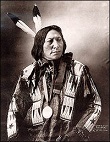

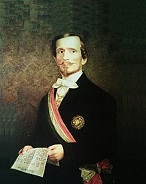








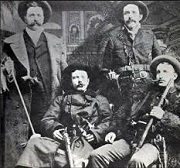






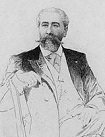









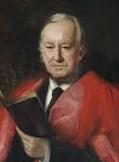










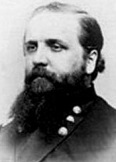












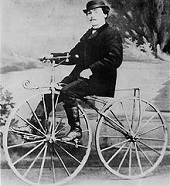





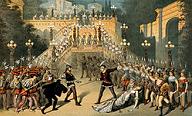
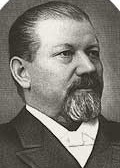
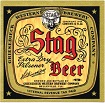
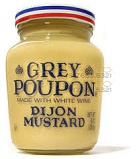
1866 The Russian Empire reaches its max. extent of 23.7M sq. km, incl. territories in E Europe, Asia, and North Am. On Jan. 6 after an epidemic caused by the genetic susceptibility of Hawaiians causes leprosy to begin to appear in the 1840s, the Molokai Leper Colony in Kalawao, Hawaii, founded by king Kamehameha V on a remote peninsula jutting from the N coast receives its first patients; it becomes so mismanaged that Jack London later calls it "the most cursed place on Earth" and "the pit of Hell". On Jan. 11 British steamship London en route to Melbourne, Australia sinks in the Bay of Biscay, killing 220. In Jan. the Repub.-controlled 39th U.S. Congress (begun Mar. 4) reconvenes (until Mar. 4), and goes nonlinear at Pres. Johnson's brand of non-vengeful Reconstruction, believing him to have given away the fruits of victory, going on to repudiate his program and substitute their own, founded on the enfranchisement of the freed slaves; Johnson, who, although born poor had been a slaveowner opposes black suffrage, driving moderate and conservative Repubs. into the Radical camp; meanwhile in Jan. the 2nd U.S. Capitol Dome is completed after 11 years. On Feb. 2 a black delegation led by Frederick Douglass meets with Pres. Johnson to discuss black suffrage, but Johnson continues his opposition; on Apr. 9 Congress overrides Johnson's veto and passes the U.S. Civil Rights Act of 1866, conferring citizenship and equal rights on blacks, and imposing criminal penalties on violators; on July 9 S.C. becomes the 28th state to approve the Fourteenth (14th) (XIV) Amendment to the U.S. Constitution, guaranteeing due process and equal protection to all citizens, and granting United States citizenship to blacks; the term "United States" starts being used as a singular instead of a plural noun; too bad, the 14th Amendment ends up being used as a crowbar for the federal govt. to quash states rights, incl. granting birthright U.S. citizenship, although this is a misinterpretion, as proved by the words of the sponsor, U.S. Sen. (R-Mich.) (1862-71) Jacob Merritt Howard (1805-71): "This amendment which I have offered is simply declaratory of what I regard as the law of the land already, that every person born within the limits of the United States, and subject to their jurisdiction, is by virtue of natural law and national law a citizen of the United States"; "This will not, of course, include persons born in the United States who are foreigners, aliens, who belong to the families of ambassadors or foreign ministers accredited to the government of the United States, but will include every other class of persons." On Feb. 7 the naval Battle of Abtao is a push between a Spanish naval squadron and a combined Peruvian-Chilean fleet near Abtao Island in the Chiloe Archipelago of C Chile, after which Spain decides to target Peruvian ports, starting with Valparaiso, where they destroy the Chilean merchant fleet while British and U.S. naval cmdrs. in the area stand by, with U.S. minister to Chile Hugh Judson Kirkpatrick (1836-81) asking U.S. Commodore John Rodgers Jr. (1812-82) why he won't attack the Spanish fleet, causing Spanish Adm. Casto Mendez Nunez (Méndez Núñez) (1824-69) to issue the soundbyte: "Even if I have only one ship left I will continue the bombardment, because Spain, the Queen and I prefer honor without ships than ships without honor" - and it's all over bat shit? On Feb. 12 both houses of Congress gather for a memorial address in tribute to assassinated Pres. Abraham Lincoln, starting the tradition of celebrating his birthday. On Feb. 12 under the leadership of U.S. secy. of state William H. Steward, Congress demands the removal of French troops from Mexico; on May 31 Napoleon III announces the start of the evacuation; repub. troops begin to close in on Emperor Maximilian I, and later in the year the end of the U.S. Civil War allows Lincoln to send spare military supplies to them to help. On Feb. 13 the Jesse James Gang, composed of unemployed Confed. soldiers stages the first daylight bank robbery in the U.S. at the Clay County Savings Assoc. in Liberty, Mo., taking $15K in gold coins. On Feb. 21 Lucy B. Hobbs (Taylor) (1833-1910) becomes the first woman to graduate from a dental school with a DDS, the Ohio College of Dental Surgery in Cincinnati, Ohio - the real transcendentalists? On Feb. 22 after failing to create an alliance of prosperous peasants and turning the landowners against him, the "monstrous coalition" of conservatives and liberals incl. Liberal Party (wealthy conservative?) opposition leader Ioan Bratianu forces Alexander John Cuza to abdicate and flee the country, and on Apr. 20 Prince Karl of Hohenzollern-Sigmaringen succeeds as Carol I (1839-1914) of Romania (until Oct. 10, 1914), a domnitor (ruling prince) until Mar. 15, 1881; on June 13 a new joint constitution is adopted; prohibited from marrying a Romanian, in 1869 Carol I marries lit. giant (the Nora Roberts of the 19th cent.?) Elisabeth (Elizabeth) of Wied (1843-1916), prospective bride of Edward VII of England, who becomes known by her lit. name Carmen Sylva. On Apr. 2 Pres. Johnson declares that the "insurrection" has ended in all states except Texas; on May 10 he proclaims the end of hostilities; on Aug. 20 he gives notice of the resumption of civil govt. in all states that had seceded. On Apr. 3 the U.S. Supreme (Chase) Court rules in Ex Parte Milligan that trying citizens in military tribunals is unconstitutional when civilian courts are operating. See why everyone is talking about Veronica Bismars and Needle Dick? On Apr. 8 Prussian PM Otto von Bismarck allies Prussia with Italy, then on June 9 sends Prussian troops from Schlesweg into Holstein to drive Austria out and annex it, starting the Seven Weeks' War (Austro-Prussian War) (Prussian-German War) (German Civil War) between Prussia and Italy against Austria when Austria chickens out and withdraws its forces from Holstein without a battle, Bismarck waits for it to make a mistake, and on June 14 the Diet of Frankfurt passes a Bavarian motion to mobilize all non-Prussian and non-Austrian forces, causing Bismarck to declare the Federal Act violated and start a war with the South German states, quickly winning, then along with Italy declaring war on Austria; on June 24 a superior Italian force under Gen. Enrico Calidini is defeated at the Battle of Custoza, after which Italian PM #6 (since Sept. 28, 1864) Gen. Alfonso Ferrero, Cavaliere La Marmora (1804-78) (author of the alliance between Italy and Prussia against Austria-Hungary) is blamed for blowing it with his hesitant conduct of the first phases of the Italian invasion and accused of treason, trying to vindicate himself with a series of pubs. in 1873 that only get him in more trouble for revealing state secrets. Austria, thinking it can kick Prussia's butt easily, makes a secret treaty with France to sit it out; on June 27 the Prussians defeat Hanover at the Battle of (Bad) Langensalza; too bad, the Prussians under Gen. Helmuth von Moltke surprise the Austrians with secret veapons, viz. the use of railroads for rapid troop deployment, the use of breech-loading Needle Guns which can fire 4x as fast as the Austrian muzzle-loaders, and pre-measured mobile bridges in case the Austrians destroy the real ones, and on July 3 they win a decisive V at the 450K-man Battle of Koniggratz (Sadowa) (Sadova) (Hradec Kralove) (in NW Czech. near modern-day Hradec Kralove) despite massed steel-rifled cannon barrage fire, ending the effectiveness of cavalry regiments and presaging the fun to come in WWI; "The needle gun is king" (London Times); on July 20 the Austrians destroy the Italian fleet at the naval Battle of Lissa and push the Austrians out of the old Venetian Repub., which is annexed to the kingdom of Italy; on July 26 the Peace of Nicolsburg (Nikolsburg) in Bavaria disbands the German Confederation, and creates the North German Confederation (1867-71), with South German states having the right to form a South German Confederation; Prussia is united by annexing the middle states formed between the east and west by the 1814 Congress of Vienna, incl. the town of Fulda, favorite of German bishops for assemblies; on Aug. 23 the Peace (Treaty) of Prague gives Prussia the provinces of Schleswig, Holstein, Hanover (until 1945), the electorate of Hesse-Cassel, the duchy of Nassau, and the free city of Frankfurt-am-Main (the latter three combined into the hilly, thickly forested, mineral-rich province of Hesse-Nassau), making it the largest German state (two-thirds of the land area and pop.), passing Austria and becoming the #1 power on the Euro Continent; on Oct. 12 the Treaty of Vienna ends the war between Austria and Italy; sad Saxony pays a heavy cash indemnity to Prussia and is forced to join the North German Confederation (ends 1871), consisting of 21 small states (Anhalt, Hamburg, Oldenburg, Waldeck etc.) ruled by Prussia, with the Prussian king as head, and the independent states appointing deputies for the Bundesrat (upper house), with the Reichstag (lower house) (which cannot propose new laws) elected by all adult males, and on Apr. 16, 1867 a new 1867 North German Federation Constitution, which arch-conservative Bismarck later says is granted to keep the liberals quiet; Austria and the small liberal Roman Catholic states of Bavaria, Wurttemberg, Baden, and Hesse-Darmstadt opt out of the confederation, which is conservative and Protestant-dominated; Liechtenstein becomes an independent principality; Transylvania is reunited with Hungary; Sardinia wins Venetia in NE Italy for allying with Prussia; Bismarck now plots to sandbag the independent German states into the confederation by triggering a war with France which drives them into his needle guns, er, arms, and Napoleon III plays into his hands when he welcomes a war with Germany to restore his popularity? On Apr. 10 the Am. Society for the Prevention of Cruelty to Animals (ASPCA) is founded in New York City by Henry Bergh (1811-88) after he becomes outraged at the treatment of horses, becoming the first humane org. in the Western Hemisphere - did they forget about the bison? On May 1-3 the Memphis Riots of 1866 start when white policeman shoot it out with black soldiers recently mustered out of the Untion Army, after which white mobs rampage black neighbhoords, killing 46 blacks and 2 whites and injuring 75 blacks, causing $100K property damage until federal troops restore the peace, after which the black pop. falls 25% by 1870. On May 2 the Battle of Callao sees a 14-ship Spanish ironclad fleet under Adm. Casto Mendez Nunez bombard the Peruvian port of Callao then withdraw without doing major damage after Peruvian coastal defenses under Gen. Mariano Ignacio Prado hold, and 50 Spanish sailors are killed and 83 wounded vs. 200 Peruvian casualties, with Prado taking nine wounds; Peruvian war minister Col. Galvez is KIA when an armored turret blows up; the big D causes Spain to give up on the Chincha Islands, ending the Chincha War (begun 1863), and Peru has a new nat. holiday, even though the war bankrupts Peru and leaves Chile on top. 'On May 30 the Sunni Muslim Deobandi movement is founded in Deoband, India by Mohammed Qasim Nanautawi, spreading throughout South Asia, and later becoming known for their propensity for terrorism along with Wahhabi/Salafists, although in 2008 they issue a fatwa that terrorism and the killing of innocents violates Islam. On May 31-June 1 (night) the Fenian Invasion of Canada (ends Oct. 1871) begins as 800-1.5K Fenian troops under Cork, Ireland-born U.S. Gen. Thomas William "Fighting Tom" Sweeney (1820-92) and County Monaghan, Ireland-born U.S. Col. John Charles O'Neill (1843-78) cross the Niagara River from Buffalo, N.Y. and capture Ft. Erie with a master plan of seizing the Canadian transportation network and forcing the British to free Ireland; on June 2 they defeat a British force at the Battle of Ridgeway Heights (Lime or Limestone Ridge) near Ft. Erie; too bad, the U.S. govt. (which up till now had been looking the other way because of British failure to support the Union cause in the U.S. Civil War) interrupts their supply lines across the Niagara River and arrests reinforcements, and it peters out within a week, after which the U.S. govt. pays for their railroad tickets back in return for a promise not to invade again; Sweeny is arrested then released. On May 16 Congress authorizes the the U.S. Mint to begin issuing 5-cent pieces (nickels), starting with the 75% copper, 25% nickel Shield Nickel (until 1883). In May the success of the North and its large working class in the U.S. Civil War against the aristocratic South giving him hope, PM Lord Russell introduces a Parliamentary Reform Bill, the first since the Chartists' demand in 1848, its aim being to give urban laborers suffrage; when there is no loud public support, the bill fails, and Russell resigns in June; John Stuart Mill's advocacy of women's suffrage in debates on the bill helps kick off the English suffragist movement. In May Christian Crete begins a revolt against Muslim Turkish rule, seeking union with Greece, which backs the rebels (ends 1869). In May the Chincha War (begun 1864) between Peru and Spain ends with a big D for Spain, and it gives up the Chincha Islands. In May writer Mark Twain sails for Hawaii to write about it for the Sacramento Union, then returns to San Francisco to host a stage show, followed by more trips to France, Russia and the Holy Land next year; it all gets incorporated in his 2nd book The Innocents Abroad (1869). On June 1 the rip-roaring cow town city of Denver renames McGaa St. to Holladay St. in honor of Nicholas, Ky.-born stagecoach tycoon Benjamin "Ben" Holladay (1819-87), becoming the center of Denver's "flesh market" (red-light district), known to visiting cowboys for Jenny Rogers' House of Mirrors, Mattie Silks' place, etc., gaining the rep of "the most sinful street in the West"; on June 1, 1889 after complaints by Holladay's relatives the city council renames it to tongue-in-cheek Market St., and in Sept. 1899 changes the section N of 23rd Ave. to Walnut St.; the street survives to modern times. On June 16 the XIV (14th) Amendment to the U.S. Constitution is sent by the 39th Congress to the states for ratification (ratified 1868). In the summer the U.S. Army builds three posts along the "Bloody" Bozeman Trail, named after John M. Bozeman (1835-67) (soon killed by Injuns) to protect settlers and gold seekers traveling NW from the North Platte River to Virginia City, Mont.; also Ft. Reno (formerly Ft. Conor) on the Powder River, Ft. Phil Kearny (July 15) in Sheridan County, Wyo. near the forks of the Big and Little Piney Creeks, and Ft. C.F. Smith at the foot of the Big Horn Mts., causing the Sioux, Northern Cheyennes, and Arapaho, led by Oglala Sioux Chief Red Cloud to strike back in Red Cloud's War (ends 1868), making 51 attacks near Ft. Kearny, commanded by Col. Henry B. Carrington (1824-1912) on July 17-Dec. 31, killing 61 civilians and 98 soldiers; on Dec. 21 the Fetterman Massacre sees Oglala Sioux Chief Crazy Horse attack a wagon train before noon, causing 80 infantry under Capt. William Judd Fetterman (b. 1833) and 27 cavalrymen under 2nd Lt. George W. Grummond to be sent, only to stumble into an ambush by several hundred warriors led by Sioux chief Hollow Horn Bear (Matho Hehlogeca) (1850-1913) on the far side of Lodge Trail Ridge, annihilating first Fetterman's then Grummond's soldiers, becoming the 2nd biggest Indian V over the palefaces after Custer's Last Stand; an inquiry clears Carrington after he claims he told them not to cross the ridge, and anybody who heard otherwise is outranked?; in 1908 Carrington utters the soundbyte: "A company of regulars could whip a thousand [Indians] and a regiment could whip the whole array of hostile tribes", getting twisted into the soundbyte: "Give me 80 men and I'll ride through the whole Sioux nation"; Chief Hollow Horn Bear seems to believe it, turning peacemaker in the 1870s, becoming a celeb in Washington, D.C. and getting featured on the $5 U.S. bill and a 14-cent postage stamp. On June 20 "Iron Baron" Bettino Ricasoli, 2nd Baron Ricasoli (1809-80) becomes PM #2 of Italy (until Apr. 10, 1867), refusing an offer from Napoleon III to cede Venetia to Italy on the condition that Italy abandon its Prussian alliance, while refusing the Prussian Order of the Black Eagle because the alliance's author Alfonso Ferrero La Marmora isn't offered it too; after French troops leave Room, er, Rome at the end of the year he attempts to negotiate a convention between Italy and the Vatican whereby Italy would restore the property of suppressed religious orders and grant the exequatur to 45 anti-Italian govt. bishops in return for a gradual payment of 24M lira, but the chamber of deputies refuses, causing Ricasoli to dissolve it then resign when they return before they can vote, after which Ricaoli leaves public life and retires to his vineyards in Castello di Brolio in Gaioli in Chianti 12 mi. NE of Siena, creating the traditional Chianti recipe of 70% Sangiovese, 15% Canaiolo, and 15% Malvasia bianca. On June 26 British PM (since Oct. 29, 1865) Lord John Russell resigns, and on June 28 Edward Smith-Stanley, 14th Earl of Derby (1799-1869) becomes British PM again (3rd time) (until Feb. 25, 1868); too bad, like the other times he lasts less than two years. On July 13 Cyrus W. Field & co. leave Valentia Bay in the jumbo ship SS Great Eastern (built 1858) on their 5th attempt to lay 2.4K mi. of underwater telegraph cable, and on July 27 at 9 a.m. reach Heart's Content in Newfoundland, not only laying the cable, but finding the lost 1865 cable and splicing it to the new line, giving not one but two working underwater telegraph cables linking the U.S. and Britain; the Great Eastern goes on to lay cables from France to the U.S., Bombay to Aden, and along the Red Sea before ending up as an amusement park in Liverpool, and being broken up on Mersyside in 1888 - I didn't want to do it, I didn't want to do it? On July 20 rice-chomping Japanese shogun (since 1858) Tokugawa Iyemochi (b. 1847) dies of heart failure due to beriberi (vitamin B1 deficiency), ending his short marriage with emperor Komei's half-sister (daughter of emperor Ninko) princess Kazunomiya Chikako (1846-77) to unite the court and bafuku (shogunate), and on Aug. 29 Tokugawa Yoshinobu Hitotsubashi (1837-1913) (AKA Keiki) becomes the 15th and last Tokugawa shogun of Japan (until Nov. 19, 1867), and in Aug. he sends another expedition to Choshu Province in SW Honshu Island (capital Yamaguchi) to destroy the rebellious feudal fief, armed with French weapons; too bad, the other great feudal lords get pissed-off at his assumption of authority, and his expedition is routed. On July 23 Pres. Johnson signs the U.S. Judicial Circuits Act, which reorganizes the U.S. circuit courts, reducing the number from 10 to nine, and provides for the gradual elmination of U.S. Supreme Court justices from 10 to seven; the title of chief justice of the U.S. Supreme Court is changed to chief justice of the U.S. On July 25 Ulysses S. Grant becomes the first U.S. officer to hold the rank of General of the Army (5 stars). On July 26 the U.S. Mining Act of 1866 (An act granting the Right of Way to Ditch and Canal Owners over the Public Lands, and for other purposes) gives miners the right to build roads to their claims on public lands. On July 30 the New Orleans Riot of 1866 in La. sees blacks massacred by mobs of whites aided by local police after they parade outside the Mechanics Inst., where a reconvened La. Constitutional Convention is taking place, killing 44 blacks and injuring 106, along with three white Radical Repubs. and one white protester; "Who can doubt that the President is the author of these tragedies?", cries his opponent Charles Sumner. In July Switzerland outlaws export of weapons and war materials. On Aug. 15 Kiowa chief Satanta (Set-tainte) ("White Bear") (1820-78), "the Scourge of the Southern Plains" raids Cooke County, Tex. with 23 warriors and ambushes the family of paleface James Box, killing and scalping him twice, then taking his wife Mary and three daughters ages 17 to 7, and killing an infant; after raping the wife and two oldest daughters, and making the youngest walk barefoot on hot coals, they ransom them to Capt. Andrew Sheridan of Ft. Dodge, Kan. for $2.8K in weapons, food and cash; 17-y-o. Margaret later gives birth to a half-breed baby. On Sept. 12 the first oil well is discovered in Oil Springs, Texas, the 106-ft. No. 1 Isaac C. Skillern Oil Well, which produces only 10 barrels of oil. On Oct. 1 the Naval Hospital in Washington, D.C. opens, becoming the first U.S. Veterans Hospital; the first patient admitted is "ordinary seaman, colored" Benjamin Drummond. On Oct. 2 a train holdup in Seymour, Ind. by the Reno brothers becomes the second in the U.S. (first 1865), and the first transcontinental train robbery. On Oct. 3 U.S. steamship Evening Star en route from New York City to New Orleans, La. sinks, killing 250. On Oct. 6 (eve.) after making a good living as bounty jumpers during the U.S. Civil War, the Reno (Brothers) Gang (Jackson Thieves) of Ind., led by Franklin "Frank" Reno, John Reno, Simeon "Sam" Reno, and William "Bill" Reno becomes the first outlaw gang in the U.S. when they rob an Ohio & Miss. Railway train near Seymour, Ind. of $16K; on Nov. 17, 1867 they rob the Daviess County Courthouse in Gallatin, Mo., followed in Dec. by another train robbery of $8K near Seymour, followed by three more robberies in Feb.-Mar., 1868, and another on July 10, which is foiled by Pinkerton agents; in Mar. 1868 the resident of Seymour form a vigilante group to lynch them, causing them to flee W to Iowa, where they rob the Harrison County treasury of $14K, and the Mills County treasury of $12K, and are arrested by Pinkerton detective in Council Bluffs, Iowa, but escape on Apr. 1, 1868. On Oct. 12 Carleton College is founded in Northfield, Minn. by the Congregational Churches of Minn., named after benefactor William Carleton (1797-1876) of Charlestown, Mass. In Oct. a French expedition to Korea led by Adm. Pierre-Gustave Roze (1812-82) in response to persecution of Roman Catholics occupies and sacks Kanghwa Island at the mouth of the Han River, but is unable to continue to the capital of Seoul and is forced to withdraw, becoming known as the French Disturbance of 1866; the U.S. vessel USS General Sherman sails up the Taedong River toward Pyongyang and is attacked by local Koreans, killing all 24 aboard, causing the U.S. to plan to open Korea to Westerners by force (1871). On Nov. 1-2 a priest in Corfu, Greece records a Leonid meteor shower. In early Nov. after Pres. Johnson breaks with the Radical Repubs. in Congress and embarks on a "swing around the circle", a long railroad journey from Philadelphia to Pittsburgh via New York, Buffalo, Cleveland, Chicago, St. Louis, and Cincinnati, in which he makes a spectacle of himself by his vulgar stump speaking, causing conservative and moderate Repubs. to be driven into the Radical camp in herds, the 1866 U.S. elections see anti-Johnson Repubs. carry every Northern state legislature, every Northern gov. race, and return large majorities to both houses of Congress. On Nov. 27 Lincoln assassination figure John Surratt (b. 1844) is captured in Alexandria, Egypt after his cover in Rome is blown, and is tried for murder next June 10-Aug. 10, and the jury deadlocks 4-8 guilty-not, so he is freed in the summer of 1868, becoming a schoolteacher in Rockville, Md., where on Dec. 6, 1870 he gives a public lecture on his side of the assassination, claiming the Confed. govt. wasn't involved; a 2nd lecture scheduled for Dec. 30 is cancelled after a mob forms?; he goes on to live to the ripe old age of 72 (1916). On Dec. 31 at the instigation of composer Richard Wagner, Chlodwig Carl Viktor of Hohenlohe-Schillingsfurst (Hohenlohe-Schillingsfürst, Ratibor and Corvey) (1819-1901) becomes PM of Bavaria (until Mar. 7, 1870), arguing for closer ties with Prussia, getting Bismarck to use the Welfen-Funds from the House of Hanover to pay off Ludwig II's large debts, then reorganizing the Bavarian army on the Prussian model, creating a military union of the S states, and helping found the customs parliament (Zollparlament), becoming vice-pres. on Apr. 28, 1868; too bad, his opposition to the ultramontane position incl. papal infallibility causes an opposition to form that eventually forces him to resign. Ismail Pasha of Egypt is granted rights of primogeniture by the Turkish sultan. The Boer-Basuto War (begun 1864) ends with the Treaty of Thaba Bosia, with the Basutos ceding the disputed land and French missionaries expelled at Boer insistence; too bad, the Basuto soon take up arms again. Chile and Spain go briefly to war as a result of hostilities between Spain and Peru. Switzerland grants Jews equal rights to movement and settlement. Shir Ali's half-brothers Mohammed (Muhammad) A'zam and Muhammad Afdal drive him out of Kabul to Herat; A'zam becomes ruler of Afghanistan until 1867, followed by Afdal (until 1868). The 62-sq.mi. Alemannic-speaking Alpine principality of Liechtenstein becomes sovereign, with Austria administering its ports (until 1920). David Glasgow Farragut (1801-70) becomes the first adm. in the U.S. Navy. Montagu William Lowry, Lord Rowton (1838-1903) becomes private secy. to Benjamin Disraeli, continuing until his death in 1881. Mulatto mountain man Jim Beckwourth is sent with Jim Bridger and Hank Williams to turn the Crows from the warpath, and they succeed, with Beckwourth proclaimed as their chief again (1st time 1831), only this time they make sure he won't skip out by throwing a feast next year and poisoning him, then burying him with honors. Vancouver Island (a crown colony since 1849) joins British Columbia. The Ku Klux Klan (KKK) holds its first meeting in the Maxwell House in Memphis, Tenn. - coffee or bourbon? Gen. Ambrose Burnside becomes gov. of R.I. (until 1869). The Grand Army of the Repub. (GAR) is founded in Decatur, Ill. for Union Civil War vets by Dr. Benjamin Franklin Stephenson (1823-71); membership peaks at 409K in 1890, and the last member dies in 1955, with their many stately meeting halls disappearing - guys with guns? After the end of the Civil War, New Orleans, La. begins to systematically lose its Mississippi River traffic to railroads, causing the economy to slump for the rest of the cent.; meanwhile the city is known as the most unsanitary in the U.S. The area around Shawnee, Okla. is setted by Sac and Fox, Kickapoo, Shawnee, and Pottawatomi Indians moved to Indian Territory by the U.S. govt.; in the 1870s the West Shawnee Trail is used by Tex. cattle drovers; in 1903-4 the Atchison, Topeka and Santa Fe Railway and Missouri, Kansas and Texas Railway reach the town; in 1910 Okla. Baptist U. opens; in 1930 the county seat of Pottawatomie County is moved from Tecumseh to Shawnee. Lincoln U. for Negroes in Jefferson City, Mo. is founded by members of two black Civil War regiments. Part-black-but-passes Mary Ellen Pleasant (1814-1904), who claims to be the child of a voodoo priestess and John Hampden Pleasants (1797-1846), youngest son of Va. gov. #22 James Pleasants Jr. becomes the "Calif. Mother of Civil Rights" when she fights for equal rights for blacks on San Francisco trams. Dr. T.J. Barnardo (1845-1905) (a Freemason) opens his first home for destitute children in Stepney, London. Peter Tchaikovsky begins teaching at the new Moscow Musical Conservatory, which is later named for him. N.H.-born Mary Baker Eddy (1821-1910) "discovers" Christian Science when she spontaneously recovers from a severe injury - those eyes broke my heart? The Am. Evangelical Alliance is founded by Philip Schaff (1819-93). The Parnassian School of Poetry (named after Mount Parnassus, home of the Muses) is founded in France by Alphonse Lemerre (1838-1912) in his anthology Le Parnasse contemporain (3 vols.), which is influenced by French poet Pierre Jules Theophile (Théophile) Gautier (1811-72) and German pessimist philosopher Arthur Schopenhauer (1788-1860), adopoting Gautier's motto "art for art's sake", eschewing Romanticism and its sentimentalism and social-political activism in favor of exact and faultless workmanship and emotional detachment; Reunion-born French poet Charles Marie Rene (René) Leconte de Lisle (1818-94) and Cuban-born French poet Jose-Maria (José-Maria) de Heredia (1842-1905) The Union Pacific lays 300 mi. of track by the end of the year, while the Central Pacific traverses the 7K-ft. Sierra Nevada range. The city of Loveland, Colo. in Larimer County S of Fort Collins and 46 mi. N of Denver (modern-day pop. 76K) is founded along the newly constructed line of the Colo. Central Railroad near its crossing of the Big Thompson River, named in honor of its pres. William Austin Hamilton Loveland (1826-94), going on to become known for sugar beets and sour cherries; in 1901 the Great Western Sugar Co. opens a factory there, which closes in 1977; in the late 1920s the Spring Glade Orchard becomes the largest cherry orchard W of the Mississippi River, dwindling under killer freezes and blights until it closes in 1960. German immigrant Adolf Pfannenschmidt from Rinteln founds the town of Pfannenschmidtstadt on the site of Nopalera (founded 1853) in the Cahuenga Valley of the Santa Monica Mts. in warm sunny S Calif. (355 days of sunshine a year), which in 1886 is named Hollywood by Toronto, Canada-born "Father of Hollywood" Hobart Johnson "H.J." Whitley (1847-1931) on a honeymoon with his wife Gigi after he sees a Chinese man carrying wood in a wagon and uttering the soundbyte "I holly wood"; in 1903 it is incorporated as Hollywood, Calif. becoming known for orange groves, joining the city of Los Angeles in 1910 and becoming the HQ of the U.S. film industry. The new Italian Repub. dissolves all monasteries; Monte Cassino Abbey, founded in the 6th cent. by St. Benedict of Benedictine Rule fame becomes a nat. monument; too bad, the Allies destroy it on Feb. 15, 1944 during the Battle of Monte Cassino. Scottish Presbyterian medical missonary David Livingstone (1813-73), backed by the London Missionary Society, friends and admirers begins exploring the lakes and rivers of C Africa to discover the source of the Nile (until his death), starting at the Ruvuma River, then to Lake Tanganyika next year, then W, where he discovers the Luapula (Upper Congo) River in S Congo, followed by Lake Mweru and Lake Bangweulu among the headwaters of the Congo River; meanwhile, people back home begin to wonder what's cooking, er, what's happened to him? Uncontrolled use of opium and morphine among Am. soldiers on both sides of the Civil War creates masses of addicts who return to society with the heebie jeevies? Queen Victoria visits Turkey, and Sultan Abdulaziz gives her the 1464 Great Turkish Bombard (Dardanelles Gun), which is displayed to the public at the Tower of London before being moved to Fort Nelson in Hampshire overlooking Portsmouth. The city of Denton, Tex. (modern-day pop. 113K) N of Dallas is incorporated, named for Methodist minister and Tex. militia capt. John Barnard (Bunard) (Bunyan) Denton (1806-41), who was KIA by Kichai people on May 22, 1841 in the Battle of Villge Creek in modern-day Tarrant County; in 1890 the U. of North Tex. is founded there, followed in 1901 by Tex. Woman's U. The Japanese shogunate builds Japan's first modern naval arsenal in Yokosuka, supervised by French engineer Francois Leonce (Léonce) Verny (1837-1908). The Aeronautical Society of Great Britain (later the Royal Aeronautical Society) is founded. Jasper Newton "Jack" Daniel (1849-1911) establishes a whiskey distillery in dry Lynchburg, Tenn. and perfects his Kentucky bourbon formula. German Holstein-born Conrad Kohrs buys a decade-old cattle ranch in Deer Lodge, Mont. from Canadian pioneer Johnny Grant, and turns it into the 10M-acre Grant-Kohrs Ranch, which launches the cattle biz in big blue sky country Mont. A hotel is built on volcanic Kilauea, Hawaii. After serving as the head chef for the Rothschild family until 1848, followed by the mgr. of the Les Freres Provencaux Restaurant at the Palais-Royal in Paris, Bordeaux-born French chef (pupil of Marie-Antoine Careme) Adolph Duglere (Dugléré) (1805-84) becomes head chef of the Cafe Anglais in Paris (founded 1802), which becomes #1 in Paris in the 19th cent., going on to invent the dish Pommes Anna, along with Tournedos Rossini (really invented by Escoffier or Careme?). Henry Sherwin and Edward Williams found Sherwin-Williams Co. to "cover the Earth with paint". Sidley Austin LLP (originally Sidley Austin Brown & Wood LLP) law firm is founded via the merger of Sidley & Austin of Chicago, Ill. and Brown & Wood of New York City, going on to obtain First Lady Mary Todd Lincoln as a client and become the 6th-largest U.S. law firm by the time Barack Obama gets summer associate job there in 1989 and meets Michelle Obama. Am. abolitionist bestelling author Hinton Rowan Helper returns from a 5-year stint as U.S. consul at Buenos Aires, and squanders his fortune trying to construct a railroad from the Strait of Magellan to the Bering Strait, ending up in poverty. Winslow Homer visits the Universal Exposition in France, and views Barbizon school landscapes and Japanese woodblock prints, influencing his style. Starving author Herman Melville takes a job as a customs inspector in New York City, which he keeps until 1885; his novels panned by critics and the public alike, he turns to poetry. English #1 stage actor Sir Henry Irving (1838-1905) makes his London debut; actually, his name is John Henry Brodribb, but he reaches such heights that he is knighted in 1895 and changes his name, becoming the inspiration for Bram Stoker's Count Dracula. Big man Charles Dickens makes a reading tour of England and Scotland, then does it again in the U.S. in 1868 - meeting the Cartwrights in Nevada? Am. writer Samuel Clemens AKA Mark Twin begins his lecturing career with "Our Fellow Savages of the Sandwich Islands". Harvard-educated Shakespearean scholar Horace Howard Furness (1833-1912), having toured Europe in 1855-6 and got admitted to the bar in 1859, and his Unitarian clergyman daddy William Henry Furness having got his way on the abolition issue, he begins devoting his life to compiling the New Variorum Ed. of the Works of Shakespeare, later getting his son Horace Howard Furness Jr. (1865-1930) to help; the first vol. ("Romeo and Juliet") is pub. in 1871, and the 14th ("Antony and Cleopatra") is pub. in 1907; the son carries on alone with "Julius Caesar" in 1913 and "King John" in 1919. Tenn.-born preacher Moses Easterly Lard (1818-80) gives a popular sermon this year in Ray County, Mo. The Russian lit. periodical Sovremennik (The Contemporary) (founded 1836) is suppressed by the mean old tsar, embittering starry-eyed ed. Nikolai Alexeyevich Nekrasov (1821-78), who becomes ed. of the more PC Annals of the Fatherland in 1868 and writes epic poetry attacking admin. abuses and pining over the suffering of the people without suggesting any regime changes. The Mo. Historical Society is founded in St. Louis, Mo. on Aug. 11. Fisk U. in Nashville, Tenn. is founded for freed blacks by Tenn. Freedmen's Bureau head Brig. Gen. Clinton Bowen Fisk (1828-90), who endows it with $30K; sports teams are called the Bulldogs. Henry Holt (1840-1926) and Frederick Leypoldt (1835-84), who migrated to the U.S. from Stuttgart, Germany in 1855 found Henry Holt Publishing Co. in New York City. French mustard manufacturers Maurice Grey and Auguste Poupon begin making Grey Poupon brand mustard in Dijon, France; in 1946 it is acquired by Heublein Co., which in 1982 is acquired by R.J. Reynolds, which merges it with Nabisco in 1985 to form RJR Nabisco, which in 1999 is acquired by Kraft Foods; in 1980s they begin airing the "Pardon me, would you have any Grey Poupon?" ads. Philly pharmacist Charles Elmer Hires (1851-1937) discovers the formula for Hires Root Beer on May 16 while honeymooning in N.J. and drinking "root tea" at his honeymoon hotel, then changing the name to make it more marketable; too bad, it is sold as a powder that must be mixed with yeast, water, and sugar, and doesn't catch on, until Rev. Dr. Russell Conwell gets him to present it at the 1876 U.S. Centennial Exposition in Philly, touting it as "The Temperance Drink" and "the greatest health-giving beverage in the world". After returning from the U.S. Civil War, Detroit, Mich. pharmacist James Vernor Sr. (1843-1927) begins selling Vernors Ginger Ale, later discovering the oak aging process, with the motto "Deliciously different". Greasy Dick, er, Griesedieck Brothers Brewery is founded in St. Louis, Mo. by German immigrant Anton Griesedieck and his four sons incl. Henry Jr. and Joseph "Papa Joe"; in 1891 the sons establish the Nat. Brewery Co., which merges with Independent Brewery Co. in 1907; in 1911 Henry Jr.'s five sons Anton, Henry, Raymond, Edward (-1955), and Robert (-1942) found Griesedieck Brothers, producing Stag brand extra-dry pilsener; in 1920-33 they close for Prohibition, reopening in July 1933 and seeing sales zoom, reaching 400K barrels/year in 1941, becoming the first in St. Louis to use the Crowntainer can; in 1947 begin sponsoring St. Louis Cardinals radio broadcasts with Harry Caray (his debut) until Anheuser-Busch outwits them and buys the team in 1953, renames Sportman Park into Busch Stadium, and introduces low-priced Busch Bavarian Beer after poaching their brewmaster Edward Vogel Jr., cutting into sales; in 1957 after reaching 1M barrels/year in 1950 and distribution in 12 Midwest states they are acquired by Falstaff in a stock trade, growing to 6M barrels/year in 1966 before declining, running TV ads featuring cartoon char. Mr. Magoo; in 1977 the plant closes after Falstaff gets into a costly lawsuit with R.I. German-born George Ehret (1835-1927) founds the Hell Gate Brewery on the East River between 92nd and 93rd Sts. and 2nd and 3rd Aves. in New York City, surviving a fire on Sept. 19, 1870 and growing to 33.5K barrels/year in 1872, and 101K barrels in 1874, becoming the largest brewery in the U.S. in 1877, reaching 220K barrels/year in 1880, 412.8K barrels/year in 1890, and 601K barrels/year in 1900; too bad, he decides to take a trip back to Germany just before WWI breaks out, stirring suspicions of disloyalty, hurting sales, which are completely shut down in 1920 by Prohibition; he dies in Jan. 1927 during Prohibition, leaving a $40M estate, after which his heirs sell out in Apr. 1935, and in July 1935 acquire the Interboro Beverage Co. in Brooklyn, N.Y. before selling out to Schlitz in 1949, becoming their first brewing plant outside Milwaukee. Sports: On June 23 the Cincinnati Red Stockings (originally Cincinnati Base Ball Club) baseball team is founded, joining the NABBP in 1867, playing on the Union Cricket Club grounds, causing many cricket club members to join; in 1868 English-born center fielder William Henry "Harry" Wright (1835-95) becomes team mgr., introducing uniforms to baseball, with the red you know whats giving the team its name; in 1869 it becomes the first salaried team, with the season running from Mar. 15-Nov. 15, playing the first game on May 4, 1869, defeating the Great Westerns of Cincinnati by 45-9, going on to have a perfect season (57-0) after defeating the New York Mutuals on Nov. 6 by 17-8. Thomas Mitchell "Old Tom" Morris Jr. (1821-1908) of St. Andrews wins his first pro golf championship. James Gordon Bennett Jr. wins the first trans-oceanic boat race. Jerome Park Racetrack in Westchester County, N.Y. opens for thoroughbred horseracing, served by Fordham Station, becoming the site of the Belmont States until 1890; in 1867-89 it hosts the 1-mi. Champagne Stakes for 2-y.-o. horses, and in 1868-94 it hosts the Ladies Handicap for fillies and mares. Scottish-born London barrister John "Rob Roy" MacGregor (1825-92), who learned about canoeing (kayaking) during a trip to the U.S. and Canada in 1858 founds the English Royal Canoe Club, going on to turn it into a sport. Canadian-born English mountaineer Lucy Walker (1836-1916) becomes the first female to summit the Swiss Wetterhorn. Architecture: Ladoga Canal in Russia (begun 1861) is completed. Inventions: On July 10 Edson P. Clark of Mass. patents the first indelible pencil - write that down? On Nov. 20French mechanic Pierre Lallement (1843-91) is awarded the first U.S. patent on a pedal bicycle. Dynamite is discovered too late for the American Civil War but there will be plenty of future wars for it? Am. cattleman Charles Goodnight (1836-1929) invents the Chuckwagon - most potent anti-Indian weapon since smallpox? Swedish chemist Alfred Nobel (1833-96) discovers dy-no-mite Dynamite, which he calls "Improved Explosive Compound", uttering the immortal soundbyte: "I should like to invent a substance or machine with such terrible power of mass destruction that war would thereby be made impossible forever"; he receives a patent on Nov. 25, 1867, insuring vast riches as his prediction proves to work out the opposite. German inventor Ernst Werner von Siemens (1816-92), brother of Sir William Siemens (1823-83) and Carl Heinrich von Siemens (1829-1906) invents the Electric Dynamo, which uses electromagnets instead of permanent magnets, causing the Siemens Co. (founded 1847) to grow into a giant. English engineer Robert Whitehead (1823-1905) invents the self-propelled Underwater Torpedo - combined with dynamite, this will make war possible for a long time to come? The breech-loaded rifle is developed in the U.S., England, France, and Germany, replacing the muzzle-loaded rifle developed ca. 1475. Science: On Apr. 15 Prussian Egyptologist Karl Richard Lepsius (1810-84) discovers the Table of Canopus (Canopus Stone) (Decree of Canopus), a record of a great assembly of priests in Canopus, Egypt in 238 B.C.E., which serves as a double-check on the trans. of the Rosetta Stone. Potsdam, Prussia-born German zoologist Ernst Heinrich Philipp August Haeckel (1834-1919) ("Darwin's Bulldog on the Continent") ("the Huxley of Germany"), who had a special chair in zoology created for him at the U. of Jena last year bites bigtime on Darwin's theory of evolution, and coins the word "phylogeny" for the origin and evolution of a race of animals or plants, in distinction from "ontogeny" for a single organism, and reveals the new mantra "ontogeny recapitulates phylogeny", AKA the Gastrea Theory AKA Recapitulation Theory; in 1868 he pub. an article on the phylum of (elevated to a kingdom in 1925) Monera, a pious fraud designed to push Darwinian evolution over on the German scientific community (post block ergo propter block?); in 1868 Haeckel pub. The History of Creation (Natürliche Schöpfungsgeschicht), attempting to retrace the evolution of humans, claiming that original speechless proto-humans (Urmenschen) developed separate languages that helped them transition from animal to man as separate species and races, meaning that Semitic and Indo-European languges incl. Jewish, Greco-Roman, Germanic, and Berber languages are the most developed, with the soundbyte: "Human languages probably had a multiple or polyphyletic origin. Human language as such probably developed only after the species of speechless Urmenschen or Affenmenschen (German: ape-men) had split into several species or kinds. With each of these human species, language developed on its own and independently of the others. At least this is the view of Schleicher, one of the foremost authorities on this subject... If one views the origin of the branches of language as the special and principal act of becoming human, and the species of humankind as distinguished according to their language stem, then one can say that the different species of men arose independently of one another"; no surprise, the Caucasian or white race (his) is the highest and most civilized race, and the Negro the lowest and most savage, with the soundbyte: "The Caucasian, or Mediterranean man (Homo Mediterraneus), has from time immemorial been placed at the head of all the races of men, as the most highly developed and perfect. It is generally called the Caucasian race, but as, among all the varieties of the species, the Caucasian branch is the least important, we prefer the much more suitable appellation proposed by Friedrich Müller, namely, that of Mediterranese. For the most important varieties of this species, which are moreover the most eminent actors in what is called 'Universal History', first rose to a flourishing condition on the shores of the Mediterranean... This species alone (with the exception of the Mongolian) has had an actual history; it alone has attained to that degree of civilisation which seems to raise men above the rest of nature"; he adds that Negroes have stronger and more freely movable toes than other races, which links them to the "four-handed apes"; he goes on to theorize that humans arose in India, rather than Africa like Darwin claimed, and that the missing link came from the lost continent of Lemuria, which connected Africa with Asia; "[Haeckel's] evolutionary racism; his call to the German people for racial purity and unflinching devotion to a 'just' state; his belief that harsh, inexorable laws of evolution ruled human civilization and nature alike, conferring upon favored races the right to dominate others ... all contributed to the rise of Nazism" (Stephen Jay Gould). Joseph Norman Lockyer of England begins spectroscopic observation of sunspots and finds that the rainfall on Earth is related to their number. Nonfiction: Sabine Baring-Gould (1834-1924), Curious Myths of the Middle Ages; favorite of H.P. Lovecraft. Heinrich Anton de Bary (1831-88), Morphology and Physiology of Mushrooms; big breakthrough; founds modern mycology. Ioan Bratianu (1822-91), La Question Religieuse en Roumanie. James Buchanan (1791-1868), Administration on the Eve of the Rebellion. Jacob Burckhardt (1818-97), History of the Renaissance in Italy. Francis Bicknell Carpenter (1830-1900), Six Months at the White House with Abraham Lincoln (autobio.). Hermann Cohen (1842-1918), Platonic Ideal theory Psychologically Developed (first work); he goes on to found the Neo-Kantian schoool at the U. of Marburg in the late 1870s, becoming "probably the most important Jewish philosopher of the nineteenth century." (Jewish Virtual Library) John Smith Dye, History of the Plots and Crimes of the Great Conspiracy to Overthrow Liberty in America. Theophile Gautier (1811-72), La Russie; cool travel book. Ernst Haeckel (1834-1919), General Morphology. Edouard Rene Lefevre de Laboulaye (1811-83), Memoirs of Franklin (2 vols.) (1866-7). Friedrich Lange, History of Materialism. Pierre Larousse (1817-75), Grand Dictionnaire Universel du XIX Siecle (1866-76); combined dictionary and encyclopedia; pub. in 1876 by his Librarie Larousse pub. house. Lin-Le, Ti-Ping Tien-Kwoh (History of the Taiping Revolution); written by a white man using a Chinese name. John MacGregor (1825-92), A Thousand Miles in the Rob Roy Canoe on River and Lakes of Europe; big hit, launching the sport of kayaking; "In walking you are bounded by every sea and river, and in a common sailing-boat you are bounded by every shallow and shore; whereas... a canoe can be paddled or sailed, or hauled, or carried over land or water." Bon Louis Henri Martin (1810-83), Russia and Europe. Dadabhai Naoroji (1825-1917), The European and Asiatic Races. Francis Parkman (1823-93), The Book of Roses; horticulture of roses. Louis Pasteur (1822-95), Etudes sur le Vin (Studies on Wine). Charles Sanders Peirce (1839-1914), On a New List of Categories (May 14); founds Philosophical Pragmatism, which rejects the idea that the function of thought is to mirror reality, considering it to be a product of the interaction between the organism and environment, whose function is as an instrument or tool for prediction, action, and problem solving, hence most philosophical topics are best viewed in terms of their practical uses. Ernest Renan (1823-92), Histoire des Origines du Christianisme (History of the Origins of Christianity) (8 vols.) (1866-81). Sir John Robert Seeley (1834-95), Ecce Homo: A Survey of the Life and Work of Jesus Christ; pub. anon.; Christ as founder of a theocratic state. Mary Somerville (1780-1872), Molecular and Microscopic Science. John Venn (1834-1923), The Logic of Chance; introduces the frequency interpretation of probability. Music: Anon., The Maple Leaf Forever; about Canada; "In days of yore/ From Britain's shore". Georges Bizet (1838-75), Symphony No. 1 in C major ("Roma") (1866-8). Max Bruch (1838-1920), Violin Concerto No. 1 in G minor; the #1 Romantic violin concerto? Ignaz Brull (1846-1907), First Serenade for Orchestra. Jacques Offenbach (1819-80), La Vie Parisienne (operetta) (Oct. 31) (Theatre du Palais Royal, Paris); libretto by Henri Meilhac and Ludovic Halevy; incl. Ouverture, Finale. Bedrich Smetana (1824-84), The Bartered Bride (Prodana Nevesta) (comic opera) (Provisional Theater, Prague) (May 30); libretto by Karel Sabina (1813-77), who hides his name behind his initials after being accused in 1870 of being a police informant and an 8-man jury in 1872 finds him guilty; doesn't become popular until 1870; incl. Overture, Dance of the Comedians. Franz von Suppe (1819-95), Leichte Kavallerie (Light Cavalry Overture) (Lone Ranger Theme) (operetta) (Mar. 21) (Carltheater, Vienna) - would have sounded great during the U.S. Civil War? Ambroise Thomas (1811-96), Mignon (opera) (Nov. 17) (Opera Comique, Paris); giant hit; incl. Adieu Mignon. Richard Grant White (1822-85), The New Gospel of Peace According to St. Benjamin; satire. Art: Paul Cezanne (1869-1906), Portrait of Artist's Father. Gustave Courbet (1819-77), Nude Woman with a Parrot. Edgar Degas (1834-1917), Ballet Scenes (1866-). Jean-Leon Gerome (1824-1904), Death of Caesar; Death of Marshal Ney; Slave Market; black Muslim slave trader displays nude white women to his customers. Claude Monet (1840-1926), Camille Doncieux (Lady in Green). Plays: Charles M. Barras (1826-73), Theodore Kennick, and Thomas Baker, The Black Crook (3.2K-seat Niblo's Garden, New York) (Sept. 12) (474 perf.) (5.5 hours); the first English musical; set in 1600 in the Harz Mts. of Germany, about evil Count Wolfenstein, who woos village girl Amina from her fiance Rodolph by having his servant Hertzog make a pact with the Devil, only to be saved by Fairy Queen Stalacta; The Black Domino/Between You, Me and the Post debuts, becoming the first Broadway musical comedy. Sir Francis Burnand (1836-1917), Black Eyed Susan; or The Little Bill That Was Taken Up. Sir Francis Burnand (1836-1917) and Arthur Sullivan (1842-1900), Cox and Box; or The Long Lost Brothers (comic opera); based on the 1847 farce by John Maddison Morton; big hit. Sir William Gilbert (1836-1911), Dulcamara; or The Little Duck and the Great Quack (first play) (St. James's Theatre, London); burlesque of Donizetti's opera "L'Elisire d'Amore", written in 10 days. Ludovic Halevy (1834-1908) and Henri Meilhac (1831-97), Barbe-Bleue (Bluebeard) (operetta); no libretto. Henrik Ibsen (1828-1906), Brand; Norwegian pastor, his wife Agnes and son Ulf, and gypsy girl Gerd, who prefers the "ice church" in the mountains to his crap; first in a string of Norwegian masterpieces by a wannabe Viking who grows to look like Santa Claus? Thomas William Robertson (1829-71), Ours. George Sand (1804-76), The Japanese Lily (Le Lis du Japon). Poetry: Dion Boucicault (1820-90), The Shaughraun (comic melodrama) (Drury Lane, London); author plays Con, making him a top star. Robert Williams Buchanan (1841-1901), London Poems. Robert Hamerling (1830-89), Ahasver in Ram; Ahasuerus the Angel of Doubt equals the Wandering Jew equals Nero? George Heath (1844-69), Heart Strains. Herman Melville (1819-91), Battle-Pieces and Aspects of the War (Aug. 17); "Weird John Brown/ The meteor of the war." Christina Georgina Rossetti (1830-94), The Prince's Progress, and Other Poems. John Godfrey Saxe (1816-87), The Masquerade and Other Poems. Algernon Charles Swinburne (1837-1909), Poems and Ballads; incl. Sapphics, Anactoria (Sappho musing on the difference between carnal love and artistic immortality), The Triumph of Time, Dolores, Hymn to Proserpine; the unabashedly sensual pagan poems with themes of sadomasochism, lesbianism, irreligion and the death wish cause a firestorm of controversy, causing him to become more popular, and to pub. Notes on Poems and Reviews; he becomes the new #1 poet of England, expected to succeed Tennyson and Browning, although he never makes it? John Greenleaf Whittier (1807-92), Snow-Bound: A Winter Idyl; helps everybody forget the Civil War, and makes him a star, even if he is a Quaker. Novels: Charles Pierre Baudelaire (1821-67), Les Epaves. Ricahrd Doddridge Blackmore (1825-1900), Cradock Nowell: A Tale of the New Forest. Wilkie Collins (1824-89), Armadale. Alphonse Daudet (1840-97), Lettres de Mon Moulin. Fyodor Dostoyevsky (1821-81), Crime and Punishment; written to pay off his gambling debts; St. Petersburg student Rodion Romanovich Raskolnikov (Russ. "raskolnik" = schismatic) thinks he's a genius and wants to be the next Napoleon, proving it by killing greedy hated female pawnbroker Alyona Ivanovna with an axe, after which he breaks down and confesses to pious ho Sonia Semyonovna Marmeladova and police Lt. Ilya Petrovich, and is exiled to Siberia with his teenie daughter Sonia. George Eliot (1819-80), Felix Holt, the Radical. Elizabeth Gaskell (1810-65), Wives and Daughters (posth.). Victor Hugo (1802-85), Les Travailleurs de la Mer. Charles Kingsley (1819-75), Hereward the Wake: Last of the English, 18-y.-o. Hereward of Mercia, son of Earl Leofric and Lady Godiva, the last Anglo-Saxon holdout against the Normans, who kills 15 of them at a drunken feast with help from his buddy Martin Lightfoot, then turns rebel, holding up with his gang at Ely in the Fens, repelling William I the Conqueror until he is betrayed by Countess Alftruda and swears fealty to him to save his babe Torfrida, after which he is assassinated by Ivo Taillebois; makes Hereward into an English folk hero. Sidney Lanier (1842-81), Tiger Lillies (first and only novel). Charles James Lever (1806-72), Sir Brooke Fosbrooke. Petroleum V. Nasby (1833-88), Swingin' Round the Cirkle. George Sand (1804-76), Le Dernier Amour (The Last Love); dedicated to Gustave Flaubert. Charlotte Mary Yonge (1823-1901), The Dove in the Eagle's Nest. Emile Zola (1840-1902), Les Mysteres de Marseille; about lovers Philippe Cayol and Blanche de Cazalis, niece of millionaire Marseilles politician De Cazalis, Births: British classical Greek scholar, humanist, and Liberal activist George Gilbert Aime (Aimé) Murray (d. 1957) on Jan. 2 in Sydney, New South Wales, Australia; educated at St. John's College, Oxford U.; G.B. Shaw bases the char. Adolphus Cusins in "Major Barbara" on him. Greek PM (1915, 1921-2) Demetrios (Dimitrios) Gounaris (d. 1922) on Jan. 5 in Patras. German caffeine chemist (Jewish) Wilhelm Traube (d. 1942) on Jan. 10 in Ratisbor, Silesia; son of Moritz Traube (1826-94). Greek-Armenian spiritualist George Ivanovich Gurdjieff (d. 1949) on Jan. 13 in Alexandropol, Russia (Gyumri, Armenia); Greek father, Armenian mother. Am. New Thought writer Horatio Willis Dresser (d. 1954) on Jan. 15 in Yarmouth, Maine; son of Julius A. Dresser (1838-93). Swedish ecclesiastical historian and archbishop of Uppsala (1914-) Lars Olof Jonathan "Nathan" (Söderblom) (d. 1931) on Jan. 15 in Helsingland; educated at Uppsala U. British theater mgr. and film producer Sir Oswald Stoll (d. 1942) on Jan. 20 in Melbourne; emigrates to Britain in ?; knighted in 1919. Russian Orthodox patriarch #12 (1943-4) Sergius I (Ivan Nikolayevich Stragorodsky) (d. 1944) on Jan. 23 (Jan. 11 Old Style) in Arzamas, Nizhny Novgorod. Belgian Socialist statesman Emile Vandervelde (d. 1938) on Jan. 25 in Ixelles; educated at the Free U. of Brussels. French "Jean-Christophe" novelist-dramatist and art historian (mysic) Romain Rolland (d. 1944) on Jan. 29 in Clamecy, Nievre. Am. "Purple Cow", "Goops" humorist-illustrator Frank Gelett Burgess (d. 1951) on Jan. 30 in Boston, Mass.; educated at MIT - ever seen one? Scottish anthropologist-anatomist Sir Arthur Keith (d. 1955) on Feb. 5 in Aberdeen; educated at the U. of Aberdeen, and Univ. College, London; knighted in 1921. Canadian cigar manufacturer and philanthropist (Jewish) Sir Mortimer Barnett Davis (b. 1928) on Feb. 6 in Montreal, Quebec; knighted in 1916 (first Canadian-born Jew). Am. "Fables in Slang" humorist writer George Ade (d. 1944) on Feb. 9 in Kentland, Ind. Am. entomologist (Baha'i) Harrison Gray Dyar Jr. (d. 1929) on Feb. 14 in New York City; educated at MIT. Am. baseball hall-of-fame player William Robert "Sliding Billy" Hamilton (d. 1940) on Feb. 16 in Newark, N.J. U.S. agriculture secy. #5 (1913-20) and U.S. treasury secy. #48 (1920-1) David Franklin Houston (d. 1940) on Feb. 17 in Monroe, N.C.; educated at the U. of C., and Harvard U. German "Wassermann test for syphilis" bacteriologist (Jewish) August Paul von Wassermann (d. 1925) on Feb. 21 in Bamberg; educated at the U. of Strassburg. English journalist Hugh Chisholm (d. 1924) on Feb. 22 in London; ed. of the 10th-12 eds. of The Encyclopedia Britannica; educated at Christ Church, Oxford U.; not to be confused with Internat. Paper Co. founder Hugh Chisholm (1847-1912). Italian anti-Fascist "Philosophy of Spirit" philosopher-critic Benedetto Croce (d. 1952) on Feb. 25 in Pescasseroli. French Maj. Sylvain Eugene Raynal (d. 1939) on Mar. 3 in Bordeaux. Am. Mutoscope-Biograph inventor Herman Casler (d. 1939) on Mar. 12 in Canastota, N.Y. English Shakespearean scholar Sir Edmund Kerchever Chambers (d. 1954) on Ma. 16 in West Ilsley, Berkshire; educated at Marlborough College, and Corpus Christi College, Oxford U.; knighted in 1925. U.S. Supreme Court justice #71 (1922-39) Pierce Butler (d. 1939) on Mar. 17 in Dakota County, Minn.; Irish Roman Catholic immigrant parents; educated at Carleton College. Canadian radical miner Albert Edward Horsley (d. 1954) (AKA Harry Orchard) on Mar. 18 in Wooler, Ont. Am. Eureka Vacuum Cleaner Co. founder Fred Wardell (d. 1952) on Mar. 30 in Toronto, Canada. Am. Progressive social reformer Sophonisba Preston Breckinridge (d. 1948) on Apr. 1 in Lexington, Ky.; educated at Wellesley College, and U. of Chicago (first woman to earn a doctorate in political science, economics, and law). Italian "Fantasia Contrappuntistica" composer-pianist Ferruccio Dante Michelangiolo Benvenuto Busoni (d. 1924) on Apr. 1 in Empoli (near Florence); father is a clarinetist, mother is a pianist. South African Boer PM#3 (1924-39) gen. James Barry Munnik Hertzog (d. 1942) on Apr. 3 near Wellington, Cape Colony. Am. inventor (Roman Catholic) David T. Kenney (d. 1922) on Apr. 3; Irish immigrant parents. French colonial adm. Emile (Émile) Gentil (d. 1914) on Apr. 4 in Volmunster, Moselle. Am. muckraker journalist Joseph Lincoln Steffens (d. 1936) on Apr. 6 in Sacramento, Calif.; educated at the U. of Calif. Am. "miracle worker" educator Anne Sullivan (Johanna Mansfield Sullivan Macy) (d. 1936) on Apr. 14 in Feeding Hills, Mass.; teacher of Hellen Keller; Irish immigrant parents. Am. brewer Mathias Jacob "Matt" Leinenkugel (d. 1926) on Apr. 16 in Sauk City, Wisc.; son of Jacob Leinenkugel (1842-99). English physiologist Ernest Henry Starling (d. 1927) on Apr. 17 in London. German Gen. Johannes Friedrich "Hans" von Seeckt (d. 1936) on Apr. 22 in Schleswig. Russian painter and stage designer (Jewish) Leon Nikolaevich (Samoilovitch) Bakst (Leib "Lev" Rosenberg) (d. 1924) on May 10 in Grodno, Belarus. French "Gymnopedies", "Messe des Pauvres" composer-pianist (alcoholic) Alfred Eric Leslie "Erik" Satie (d. 1925) (AKA Virginie Lebeau, Francois de Paule) on May 17 in Honfleur; calls himself a phonometrician (somebody who measures and writes down sounds) instead of a musician. Am. "The Master Key System" New Thought writer (Freemason) Charles Francis Haanel (d. 1949) on May 22 in Ann Arbor, Mich. French auto racer Fernand Charron (d. 1928) on May 30 in Angers. English "A.J. Raffles" novelist Ernest William Hornung (d. 1921) on June 7 in Middlesbrough; Hungarian immigrant father; husband (1893-) of Constance Doyle, sister of Arthur Conan Doyle; educated at Uppingham School. German art historian (Jewish) (founder of the Warburg Inst.) Abraham Moritz "Aby" Warburg (d. 1929) on June 13 in Hamburg; son of Moritz Warburg; brother of Max Warburg (1867-1946), Paul Warburg (1868-1932), and Felix Moritz Warburg (1871-1937); "Hamburger at heart, Jew by blood, Florentine in spirit". Am. silent film actress Flora Finch (d. 1940) on June 17 in London, England; emigrates to the U.S. as a child. Australian novelist-poet ("Australia's greatest short story writer")Henry Archibald Hertzberg Lawson (d. 1922) on June 17 in Grenfell, N.S.W.; son of Louisa Lawson (1848-1920). English King Tut Egyptologist George Edward Stanhope Molyneux Herbert, 5th Earl of Carnarvon (d. 1923) on June 26 in Highclere Castle, Hampshire; educated at Eton College, and Trinity College, Cambridge U. Am. psychologist Lightner Witmer (d. 1956) on June 28 in Philadelphia, Penn.; educated at the U. of Penn.; coiner of the term "clinical psychology". French Gen. Charles Emmanuel Marie Mangin (d. 1925) on July 6 in Sarrebourg. German surgeon Georg Kelling (d. 1945) on July 7 in Dresden. Swiss Symbolist painter-printmaker Carlos Schwabe (d. 1926) on July 21 in Altona, Holstein; grows up in Geneva. German Lt. Gen. Christoph Emanuel Hermann Ritter Mertz von Quirnheim (d. 1947) on July 23 in Ansbach; father of Col. Albrecht Mertz von Quirnheim (1905-44). Am. Graustarkian "Brewster's Millions" novelist George Barr McCutcheon (d. 1928) on July 26; known for colorful, melodramatic, implausible stories about the imaginary kingdom of Graustark. Portuguese pres. #6 (1919-23) Antonio Jose (António José) de Almeida (d. 1929) on July 27 in Penacova, Sao Pedro de Alva. English "The Tale of Peter Rabbit" children's book writer-illustrator Helen Beatrix Potter (d. 1943) on July 28 in South Kensington, London; born in a well-to-do family; elder sister of Bertram Potter; falls in love with Norman Warne, son of her publisher, but he dies before they can get married; moves to Hill Top in 1905; marries country lawyer William Heelis in 1913. Am. Repub. atty.-financier and U.S. secy. of the Navy (1929-33) Charles Francis "Uncle Charlie" "Deacon" Adams (III) (d. 1954) on Aug. 2 in Quincy, Mass; great-grandson of John Quincy Adams; educated at Harvard U. Am. black explorer Matthew Alexander Henson (d. 1955) on Aug. 6 in Md.; first man to reach the South Pole? Am. explorer (black) Matthew Alexander Henson (d. 1955) on Aug. 6 in Nanjemov, Charles County, Md.; partner of Robert Peary. Am. actor-dir.-writer-producer Hobart Van Zandt Bosworth (d. 1943) on Aug. 11 in Marietta, Ohio; direct descendant of Mile Standish, John Alden, and Priscilla Alden, and the Van Zandt family, first Dutch settlers to land in the New World. Italian Fiat Co. co-founder Giovanni Agnelli (d. 1945) on Aug. 13 in Villar Perosa (near Pinerolo), Piedmont. Am. "The Kallikak Family" eugenicist psychologist (Quaker) Henry Herbert Goddard (d. 1957) on Aug. 14 in East Vassalboro, Maine; educated at Haverford College; inventor of the you-don't-want-to-be-one-but-ah-yes-you-do term "moron". Russian Symbolist poet Dmitri Sergeyevich Merezhkovsky (d. 1942) on Aug. 14 (Aug. 2 Old Style) in St. Petersburg. Belgian mathematician Charles Jean Gustave Nicolas Le Vieux, Baron de la Vallee Poussin (Vallée-Poussin) (d. 1962) on Aug. 14 in Leuven.; educated at the Catholic U. of Leuven. Am. Shakespearean actress Julia Marlowe (Sarah Frances Frost) (d. 1950) on Aug. 17 near Keswick, Cumberland, England; emigrates to the U.S. in 1875; wife of Edward Hugh Sothern (1859-1933). Am. medical supply magnate Fairleigh Stanton Dickinson Sr. (d. 1948) on Aug. 22 in Beaufort, N.C.; father of Fairleigh Dickinson Jr. (1919-96). U.S. diplomat James Watson Gerard (d. 1951) on Aug. 25 in Geneseo, N.Y.; educated at Columbia U., and NYU. Am. 6'1" heavyweight boxing champ (1892-7) ("Father of Modern Boxing") James John "Gentleman Jim" Corbett (Lat. "dark as a raven") (d. 1933) on Sept. 1 in San Francisco, Calif.; not to be confused with Irish big game hunter Jim Corbett (1875-1955). Am. isolationist Progressive Repub. Calif. gov. (1911-7) and U.S. Repub. Sen. (1917-45) Hiram Warren Johnson (d. 1945) on Sept. 2 in Sacramento, Calif.; educated at UCB. English "The Unreality of Time" Hegelian idealist philosopher John M'Taggart Ellis "J.M.E." McTaggart (M'Taggart) (d. 1925) on Sept. 3 in London; educated at Clifton College, and Trinity College, Cambridge U. British gov.-gen. of Canada #13 (1926-31) and viceroy of India #22 (1931-6) Maj. Freeman Freeman-Thomas, 1st Marquess of Willingdon (d. 1941) on Sept. 12 in Ratton (near Eastbourne), East Sussex; created earl in 1931, and marquess in 1936. Am. "Commonsense" psychiatrist (coiner of the term "mental hygiene") Adolf Meyer (d. 1950) on Sept. 13 in Niederwenigen (near Zurich); emigrates to the U.S. in 1892; pushes the use of detailed case histories for patients. Am. educator-reformer John Charles Campbell (d. 1919) on Sept. 14 in Ind.; educated at Williams College, and Andover Theological Seminary; husband (1907-19) of Olive Dame Campbell (1882-1954). French typhus bacteriologist Charles Jules Henry Nicolle (d. 1936) on Sept. 21 in Rouen, Normandy; educated at Lycee Pierre Corneille. English "War of the Worlds", "Time Machine", "Outline of History" historian-writer ("the Father of Science Fiction") Herbert George "H.G." Wells (d. 1946) on Sept. 21 in Bromley, Kent; father is a cricketer, mother is a lady's maid; educated under Thomas Henry Huxley at the Normal School of Science in London; marries his cousin Isabel Wells in 1891, then gets bored and marries Amy Catherine "Jane" Robbins in 1894. Am. folklorist John Avery Lomax (d. 1948) on Sept. 23 in Goodman, Mass.; father of Alan Lomax (1915-2002). Am. fruit fly zoologist (founder of modern genetics) Thomas Hunt Morgan (d. 1945) on Sept. 25 in Lexington, Ky.; educated at Johns Hopkins U. - them fruit flies is hopkins around the campus? Italian Roman Catholic holy breed mare (11 children) Blessed Eurosia Fabris (AKA Mamma Rosa) (d. 1932) on Sept. 27 in Quinto Vicentino (near Vicenza); feast: Jan. 8. Am. philologist Carl Darling Buck (d. 1955) on Oct. 2 in Orland, Maine; educated at Yale U. Canadian-Am. scientist-engineer-inventor ("the Thomas Edison of Canada") Reginald Aubrey Fessenden (d. 1932) on Oct. 6 in Knowlton, Quebec; inventor of continuous wave radio transmission. Am. educator (founder of Berry College) Martha McChesney Berry (d. 1942) on Oct. 7 in Cherokee County, Ala. French diplomat Philippe Berthelot (d. 1934) on Oct. 9 in Sevres, Hauts-de-Seine; son of Marcellin Berthelot (1827-1907). British Labour PM #1 (1924, 1929-35) James Ramsay "Jamie" MacDonald (d. 1937) on Oct. 12 in Lossiemouth, Morayshire, Scotland. Swedish economist Karl Gustav Cassel (d. 1945) on Oct. 20 in Stockholm; educated at Uppsala U.; teacher of Bertil Ohlin and Gunnar Myrdal. English "The Great Impersonation", "General Besserly's Puzzle Box" mystery novelist ("Prince of Storytellers") Edward Phillips Oppenheim (d. 1946) on Oct. 22 in London. Norwegian industrialist Samuel "Sam" Eyde (d. 1940) on Oct. 29 in Arendal; educated at the U. of Berlin. German "Frau Luna", "Berliner Luft", "Glow Little Glow Worm" conductor-composer (father of Berlin opera) Carl Emil Paul Lincke (d. 1946) on Nov. 7 in Jungfernbrucke, Berlin. English Austin Mini automobile manufacturer Sir Herbert "PA" Austin, 1st Baron Austin (d. 1931) on Nov. 8 in Little Missenden, Buckinghamshire; lives in Australia in 1884-93; knighted in 1917. Chinese physician and rev. Communist leader (co-founder of the Kuomintang) ("Father of the Nation") Sun Yat-sen (d. 1925) on Nov. 12 in Xiangshan County, Guangdong; husband (1895-1915) of Lu Muzhen (1867-1952), (1903-6) Kaoru Otsuki (1888-1970), and (1915-25) Chingling Soong (1893-1981); partner (1892-1925) of Chen Cuifen (1873-1960). Am. "1910 Flexner Report" educator (Jewish) Abraham Flexner (d. 1959) on Nov. 13 in Louisville, Ky.; of German Jewish descent; brother of pathologist Simon Flexner (1863-1946); educated at John Hopkins U., Harvard U., and U. of Berlin; husband of Anne Crawford Flexner (1874-1955). Am. Chicago Renaissance poet-playwright-humorist Bert Leston Taylor (d. 1921) on Nov. 13 in Goshen, Mass.; educated at CCNY. English tenor Gervase Cary Elwes (d. 1921) on Nov. 15 in Billing, Northampton; parents convert to Roman Catholicism when he is 5. Am. muralist Jules Vallee Guerin (Jules Vallée Guérin) (d. 1946) on Nov. 18 in St. Louis, Mo.; of French Huguenot descent. Am. jurist and ML baseball commissioner #1 (1920-44) Kenesaw Mountain Landis (d. 1944) on Nov. 20 in Millville, Ohio.; known for blocking blacks from playing in the ML. Norwegian modernist Symbolist poet Sigbjorn Obstfelder (d. 1900) on Nov. 21 in Stavanger. Am. baseball hall-of-fame outfielder-mgr. Hugh Duffy (d. 1954) on Nov. 26 in River Point, R.I.; namesake of Duffy's Cliff at Fenway Park in Boston, Mass. Am. Lincoln Memorial Beaux-Arts architect Henry Bacon (d. 1924) on Nov. 28 in Watseka, Ill.; educated at the U. of Ill. Am. "The Auctioneer" stage actor David Warfield (d. 1951) on Nov. 28 in San Francisco, Calif. Am. climatologist-eugenicist Robert DeCourcy Ward (d. 1931) on Nov. 29 in Boston, Mass.; educated at Harvard U.; first prof. of climatology in the U.s. German-Am. tenor-impresario John Andreas Dippel (d. 1933) on Nov. 30 in Kassel. Russian abstract art founder Wassily (Vassily) Kandinsky (Kandinski) (d. 1944) on Dec. 4 (Dec. 16 Old Style) in Moscow; pupil of Franz von Stuck; co-founder (1912) with Paul Klee of the avant-garde Blaue Reiter group. Swiss coordination theory chemist Alfred Werner (d. 1919) on Dec. 12 in Mullhausen, Alsace. English Bloomsbury group painter-art critic Roger Eliot Fry (d. 1934) on Dec. 14 in London; educated at King's College, Cambridge U.; husband (1896-) of Helen Coombe. English celeb Sylvia Jocelyn Llewelyn Davies (d. 1910); daughter of George du Maurier (1834-96); sister of Gerald du Maurier (1873-1934); mother of the five boys who inspire Peter Pan. Am. physiologist Graham Lusk (d. 1932). Am. illustrator-cartoonist Louis M. Glackens (d. 1933) in Philadelphia, Penn.; brother of William Glackens (1870-1938). Am. educator (founder of the Yale School of Drama) George Pierce Baker (d. 1935). English "Ragged Messenger", "The Devil's Garden" novelist-playwright William Babington Maxwell (d. 1938); son of Mary Elizabeth Braddon (1835-1915). Am. satiric Socialist cartoonist Arthur Henry "Art" Young (d. 1943). Am. "Disinherited Son's Loyalty" film producer-actor Adam Kessel Jr. (d. 1946). English poet-essayist Richard Le Gallienne (d. 1947). Am. Delmonico's, Waldorf-Astoria maitre d'hotel Oscar Tschirky (d. 1950) in La Chaux-de-Fonts, Switzerland; emigrates to the U.S. in 1883. Am. sociologist-criminologist Edward Alsworth Ross (d. 1951) in Virden, Ill. Spanish dramatist-critic Jacinto Benavente y Martinez (d. 1954) in Madrid; educated at the U. of Madrid. British socialite Helen Venetia Vincent, Viscountess D'Abernon (d. 1954); wife (1890-) of Edgar Vincent, 1st viscount D'Abernon (1857-1941). French "The Art of Thinking" writer-lecturer Father Ernest Dimnet (d. 1965). Deaths: English geologist George William Featherstonhaugh (b. 1780) on Sept. 28 in Le Havre. Am. Dem. politician-statesman Lewis Cass (b. 1782) on June 17 in Detroit, Mich. English novelist Thomas Love Peacock (b. 1785) on Jan. 23 in Lower Halliford; dies from injuries sustained in a fire in which he tried to save his library. Am. "Fuss and Feathers" gen. Winfield Scott (d. 1786) on May 29 in West Point, N.Y. Am. Indian leader Chief Seattle (b. 1786). Irish-born Am. Disciples of Christ founder Alexander Campbell (b. 1788). Am. historian Jared Sparks (b. 1789) on Mar. 14 in Cambridge, Mass. Am. Cherokee chief (1828-66) Coowescoowe (John Ross) (b. 1790) on Aug. 1 in Washington, D.C. British (Welsh) surveyor Sir George Everest (b. 1790) on Dec. 1 in London. Welsh sculptor John Gibson (b. 1790) on Jan. 27 in Rome. Irish archeologist George Petrie (b. 1790). Scottish engineer George Rennie (b. 1791) on Mar. 30 in London. U.S. Second Lady #7 (1825-32) Floride Bonneau Calhoun (b. 1792) on July 25 in Pendleton, S.C. Irish clergyman-archeologist Edward Hincks (b. 1792) on Dec. 3. English Anglican clergyman and Oxford movement founder John Keble (b. 1792) on Mar. 29. English clergyman-writer Samuel Roffey Maitland (b. 1792). Swedish writer Karl Almqvist (b. 1793). Am. naval commodore Robert Field Stockton (b. 1795) on Oct. 7 in Princeton, N.J. Italian statesman Massimo d'Azeglio (b. 1798) on Jan. 15 in Turin. Am. mountain man Jim Beckwourth (b. 1798) on Oct. 29 in Denver, Colo. (hypertension); ceremonially killed and buried by the Crow Indians; the cruddy Rocky Mt. News pub. a false story that the Crow poisoned him in Mont. Scottish Thomas Carlyle's wife Jane Welsh Carlyle (b. 1801) on Apr. 21. dies after a long sickness, leaving a bundle of diaries and letters which her hubby Thomas Carlyle reads, finding out how inconsiderate he had been to her, causing him to write a memorial to her, which he gives to his friend James Anthony Froude, who pub. it in 1881. Portuguese pretender Dom Miguel de Braganca (b. 1802) on Nov. 14 in Bronnbach, Baden, Germany. Am. spiritualist Phineas Quimby (b. 1802) on Jan. 16 in Belfast, Maine. Irish-born Canadian brewer John Labatt (b. 1803) on Oct. 26. Italian-born French economist-engineer Jules Dupuit (b. 1804) on Sept. 5 in Paris. German actress (1st wife of Richard Wagner) Minna Planer (b. 1809) on Jan. 25 in Dresden, Saxony (heart attack); lives apart from him since he began affair with Mathilde Wesendonck in 1857. Scottish-born Australian explorer John McDouall Stuart (b. 1815) on June 5 in London, England. English "Good King Wenceslas" divine John Mason Neale (b. 1818) on Aug. 6. German mathematician Georg Friedrich Bernhard Riemann (b. 1826) on June 20 in Selasca, Italy - the good die young? U.S. Army Capt. William Judd Fetterman (b. 1833) on Dec. 21 near Ft. Kearny, Wyo. (KIA). Am. Indian chief Black Kettle (b. ?); KIA by U.S. Army troops led by Gen. George Custer.



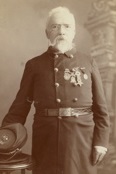

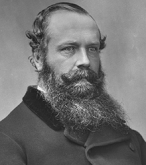
















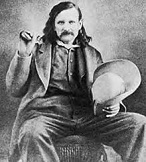




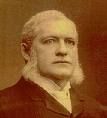





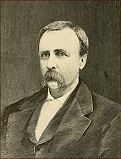




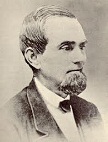


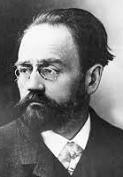








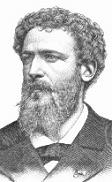

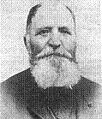
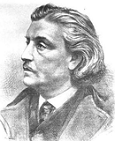

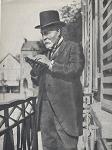
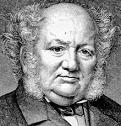
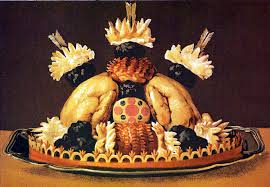

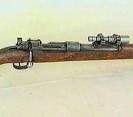

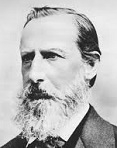





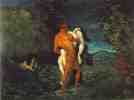


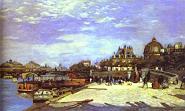
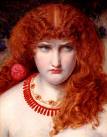
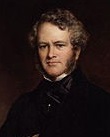
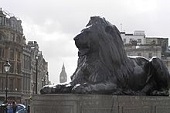
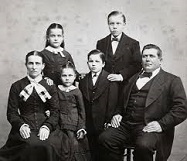

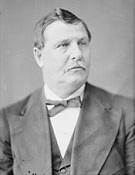
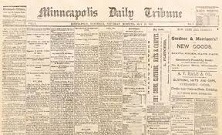
1867 About 914K emigrate from Ireland to the U.S.; 424K British have emigrated to the U.S. since 1857; meanwhile Vienna, Austria grants full citizenship rights to Jews, causing the pop. to grow from 6K in 1860 to 40K in 1870 and 140K in 1900, triggering anti-Semitism, which the Nazis reap in Kristallnacht (Nov. 9, 1938). There are 3.7K beer breweries in the U.S. producing a total of 6M barrels/year. On Jan. 8 after overriding Pres. Johnson's veto, Congress grants black citizens of the District of Columbia the right to vote; on Mar. 2 Congress, to impose its will in the face of Southern feet-dragging over ratification of the Fourteenth Amendment passes the U.S. First Reconstruction Act, calling for the enfranchisement of former slaves in the Confederacy; this year and next the Radical Repubs. use the new phenomenon of concentrated federal power to try to gain more equality for blacks in the South. On Jan. 30 emperor (since 1846) Komei (b. 1831) dies, and on Feb. 3 his 2nd son (only surviving child of six) Prince Mutsuhito becomes Japanese Yamato emperor #122 Meiji (pr. may-EE-jee) (1852-1912) (until July 20, 1912); his wife Empress Shoken (Masako Ichijo) (1849-1914) follows his lead and wears Western dress. RU hungary for some strange Aus? On Feb. 7 Austria (fearing Bismarck's Germany) and Hungary (fearing the Russians) forget their quarrels and agree to live in sin under the Ausgleich (Compromise) of 1867, uniting under a dual monarchy with Austrian emperor Franz (Francis) (Ferenc) Joseph (Jozsef) I (1830-1916) as king (until Nov. 21, 1916), who is crowned at Budapest on June 8; the double kingdom of Austria-Hungary (ends Oct. 31, 1918) is born, with two independent parliaments and sets of ministers, the Hungarian Magyars given a dem. parliament and the wealthy German Austrians a non-dem. parliament; Count Gyula (Julius) Andrassy Sr. (1823-90) becomes PM #1 of Hungary (until 1871); on Feb. 7 Dresden-born count Friedrich Ferdinand von Beust (1809-86) becomes pres.-PM of Austria until Dec. 30, when he is succeeded by Prince Karl Wilhelm Philipp von Auersperg (1814-90) (until 1868); a 3rd parliament with reps from both sides considers problems incl. foreign affairs, import-export taxes, and military matters; meanwhile the Slavs trapped in the kingdom are treated as second class, causing them to foment a rebellion; writer Maurus (Mor) Jokai (1825-1904), who fought in the 1849 rev. and was under suspicion by Austrian authorities until 1863, when he founded the govt. periodical Hon becomes a member of the Hungarian parliament until 1897, when Franz Josef appoints him a lifetime member of the upper house. On Mar. 1 "Cornhusker State", "Beef State" Nebraska (Neb.) (Oto Indian "flat water") is admitted as the 37th U.S. state, with the village of Lancaster, Neb. (pop. 30) (founded 1856), located in a salt marsh basin on Salt Creek (tributary of the Platte River), changing its name to Lincoln, Neb. (modern-day pop. 258K/348K), becoming the last state to name its capital city after a U.S. pres.; it was renamed after dead Pres. Lincoln by interests partial to keeping it Omaha (capital of Nebraska Territory since 1854), thinking that Confed. sympathies of senators living S of the Platte River would derail it, which backfires; the 2-story native limestone Nebraska State Capitol is completed on Dec. 1, 1868, and replaced with a 2nd bldg. in 1888, a 3rd bldg. in 1924, and a 4th bldg. in 1932, becoming the 2nd-tallest capitol bldg. in the U.S. On Mar. 2 Howard U. in Washington, D.C. is chartered by the U.S. Congress for freed slaves and their descendants, managed by the U.S. Dept. of Interior under the dir. of white Union Gen. Oliver Otis Howard (1830-1909), AKA "the Christian General", who was a math prof. at West Point in 1857-61, lost his right arm in the Peninsular Campaign, fought at First Bull Run, Chancellorsville, and Gettysburg, commanded Sherman's right wing in the March to the Sea, and became the first commissioner of the Freedman's Bureau (1865-74); he becomes its first pres. in 1869 (until 1874). On Mar. 5 the Fenian Rising in Ireland by the secret Invincibles society begins in Dublin and Kerry, and is stopped by the Irish Constabulary; in Sept. Col. Thomas Joseph Kelly (1833-1908), English leader of the Finians is arrested, and a rescue attempt kills a policeman while attempting to shoot off the lock of the van; Kelly escapes to the U.S., but three Fenians (Allen, Larkin and O'Brien) are railroaded and hanged on Nov. 23 for it, becoming known as the Manchester Martyrs; on Mar. 29 after the Fenian invasion scares them into it, the British Parliament passes the British North America Act, creating the Dominion of Canada on July 1, with the E provinces of Ontario, Quebec, New Brunswick, and Nova Scotia uniting to offset the threat of a U.S. invasion from the S; eventually 10 provinces (Alberta, British Columbia, Manitoba, New Brunswick, Newfoundland, Nova Scotia, Ontario, Prince Edward Island, Quebec, Saskatechewan) and two territories (Northwest Territories and Yukon) join; Glasgow, Scotland-born Conservative Sir John Alexander Macdonald (1815-91) becomes PM #1 of Canada (until Nov. 5, 1873), and Templemore, Ireland-born Charles Stanley Monck, 1st Viscount Monck (1819-94) (gov.-gen. of the Province of Canada since 1861) becomes gov.-gen. #1 (until Nov. 14, 1868); to induce British Columbia to join, the Canadian Parliament guarantees a transcontinental railroad within 10 years, promising 25M acres of western land, a 20-year tax exemption, and other guarantees to six millionaires in exchange for $25M, creating the Canadian Pacific Railroad, which takes until 1885 to finish; Scottish-born Toronto Globe founder George Brown (1818-80) is instrumental in leading the Reform Party to push the confederation. On Mar. 11 Mauna Loa volcano in the Big Island of Hawaii erupts. On Mar. 29 Congress approves the Lincoln Memorial. In Mar. while the War over Reconstruction rages, the step-over-this-line U.S. Tenure of Office Act, prohibiting the U.S. pres. from dismissing a cabinet member without the Senate's consent is passed over his veto; in Aug. Pres. Johnson tells the Congress to stuff it and fires his pro-Reconstruction opponent secy. of war Edwin M. Stanton, but the Senate refuses to ratify it and restores him to office. In Mar. the Luxembourg Crisis begins after 21 German states N of the Main River join a North German Confederation led by Prussia, and French emperor Napoleon III tries to purchase Luxembourg from the Netherlands, pissing-off the Germanic Confederation and causing Prussia to threaten war; on May 11 the Second Treaty of London (first in 1839) is signed, reaffirming the personal union between Luxembourg and the Netherlands under the House of Orange-Nassau, making Luxembourg a neutral territory governed by its grand duke; too bad, in 1890 the Salic Law prevents Dutch Queen Wilhelmina from becoming grand duchess of Luxembourg, ending the treaty; meanwhile August Ferdinand Bebel (1840-1913) becomes the first Socialist member of the North German Reichstag. In Mar. the French finishing evacuating Mexico; 34-y.-o. Maximilian I (b. 1832) remains behind, is captured on May 15 and executed on June 19 in Santiago de Queretaro; Benito Juarez returns to Mexico City, and in Dec. is reelected pres. of Mexico for six more years (until 1873). We will butcher valiantly in the gorgeous field of fire? In Mar. Union Civil War Gen. Ranald S. Mackenzie (demoted to Capt. after the war) uses his connections with Gen. Sheridan to become "blackjack" (white officer) Col. of the 41st Black Infantry, which campaigns along the Rio Grande against Indians and outlaws, and has the lowest desertion rate in the U.S. Army. In Mar. after Russia fears that it might be seized by the U.K. if war breaks out, U.S. secy. of state (1861-9) William Henry Seward (1801-72) negotiates the Alaska Purchase (Treaty), AKA Seward's Folly selling the "worthless" land of Alaska ("Seward's Icebox") and the Aleutian Islands (586,412 sq. mi. plus 6,640 mi. of shoreline) for $7.2M (2 cents/acre) as a way to repay them for their fleet sent to U.S. waters during the war; Sitka (originally New Archangel) ceases being the capital of Russian Am.; the purchase pisses-off the British, who fear takeover of their Pacific coast colony, spurring Canadian Confederation; half-Russian half-Austrian Russian minister to the U.S. Eduard Andreevich de Stoecki (1804-92) negotiates for the Russians, and is rewarded by Tsar Alexander II with $25K plus an annual $6K pension; greedy Americans begin occupying Alaska before the money can be paid - check out this Tundra Crewmax? On Apr. 1 British East India Co. rule of the Straits Settlements in Malaysia ends, and they become a crown colony. On Apr. 1-Oct. 31 the 1867 Paris World Exhibition (Exposition Universelle) on the Champ-de-Mars, the first-ever world's fair is visited by 15M, introducing Japanese art to the West along with reinforced concrete and the hydraulic elevator. On Apr. 29 Colombian pres. Tomas Cipriano de Mosquera declares himself a dictator, causing him to be ousted and confusion to reign, and on May 12 Joaquin Riascos (1833-75) becomes pres. of Colombia, while on May 23 Gen. Santos Acosta (1830-1901) also becomes pres. (until 1868), causing Riascos to step down on June 28 after 47 days. In Apr. the Ottomans agree to withdraw from Serbia and permit Serbian autonomy, although they must still pay an annual tribute (jizya) and display the Ottoman flag jointly with their own in Belgrade. On May 25 the morning Star Tribune (originally the "Minneapolis Tribune") is founded in Minneapolis, Minn. by future U.S. Rep. (R-Minn.) (1875-7) Col. William Smith King (1828-1900) et al., merging in 1982 with the rival evening "Minneapolis Daily Star" (founded 1920), and filing for bankruptcy in 2009 after winning six Pulitzer Prizes, and two more in 2013, becoming the largest newspaper in Minn., reaching a modern-day circ. of 288K daily and 581K on Sun.; in 2014 it is acquired by local businessman Glen Taylor. In May the Jacob Leinenkugel Brewing Co. is founded in Chippewa Falls, Wisc. by Prussian-born Jacob Mathias Leinenkugel (1842-99); he leaves the co. to his eldest son Mathias Jacob "Matt" Leinenkugel (1866-1926); in 1988 it is acquired by Miller Brewing Co.; in 2007 it introduces Summer Shandy lemonade wheat beer. On June 7 the Dinner of the Three Emperors (Tsar Alexander II of Russia, his son Tsar Alexander III, and William I of Prussia, along with Prince Otto von Bismarck) is served at Cafe Anglais while they are in Paris for L'Exposition Universelle, requesting that no expense be spared, resulting in 16 courses with eight wines served over eight hours at 400 francs per person; at 1:00 a.m. Alexander II complains that they didn't serve foie gras, but is satisfied with the explanation that the French don't eat it in June; Cafe Anglais is demolished in 1913. In June Egyptian pasha Ismael acquires the Persian title of khedive (pr. kuh-DEEV) from the Ottoman sultan to give him a higher status than other Ottoman govs. (ends 1914). In June-July Sultan Abdul Aziz visits the Paris World Exhibition, then visits the British royal family in London, becoming the first Ottoman sultan to travel to the West. On July 4 Congress approves a new U.S. flag (design #19) with 37 stars, which incl. Neb.; no more changes for 10 years. On July 4 Cheyenne, Wyo., capital of Wyoming Territory is founded by Union Gen. Grenville Mellen Dodge, and after the Union Pacific Railroad reaches it on Nov. 13 its pop. reaches 4K, causing it to become known as "Magic City of the Plains". On Aug. 28 the Midway Islands are formally declared a U.S. possession. In Aug. lawyer Karl Heinrich Ulrichs urges the Sixth Congress of German Jurists in Munich to repeal laws forbidding gay male sex, launching the gay rights movement in Germany. On Oct. 6 the residents of Alaska change from the Julian to Gregorian calendars, jumping to Oct. 18 and losing 11 days; on Oct. 18 the U.S. takes formal possession of Alaska from Russia - are you asking me if being cold's a choice? On Oct. 21-28 the Treaty of Medicine Lodge between the U.S. and the Kiowa, Comanche, Apache, and Arapaho tribes moves the Southern Cheyenne and Arapahoe to Kan. and Okla.; too bad, they are later removed from Kan. by white homesteading; the Kiowa tribe is moved to a rez in SW Okla., with HQ in Carnegie, Okla.; in 1873-5 the Pawnee People are moved to a rez in NC Okla. with HQ in Pawnee, Okla.; the Wyandot (Wyandotte) Nation is removed from Kan. to Ottawa County in NE Okla. (near Joplin, Mo.), with tribal HQ at Wyandotte, Okla., the Quakers establishing a mission there in 1869; during negotiations Kiowa chief Set-tainte repeatedly protests the white grab of Indian lands, saying: "All the land... belongs to the Kiowas and Comanches and I don't want to give any of it away. I love the land and the buffalo and will not part with it... I want the children raised as I was" - you and what U.N.? On Oct. 28 Maimonides College, the first Jewish theological society in the U.S. opens in Philadelphia, Penn. On Oct. 29 a hurricane in St. Thomas, West Indies wrecks 50 ships incl. RMS Rhone and RMS Wye, killing 100. In Oct. Giuseppe Garibaldi begins his March on Rome, and on Nov. 3 is defeated by French and papal troops at the Battle of Mentana, and taken POW. On Nov. 8 after Choshu Province forms a secret alliance with the British-armed Satsuma Province, and one day before Emperor Meiji issues a secret order to them to "slaughter the traitor", Hitotsubashi shogun Tokugawa Yoshinobu, the last Japanese shogun resigns and surrenders to the emperor, and is put under house arrest, then retires to Shizuoka for life, becoming a photographer; the emperor regains his position as actual head of the govt., ending 675 years of shogun rule (since 1292) and its Western humiliations; the new Meiji rulers are modernizers, bringing liberal and economic reforms; too bad, the Tokugawa clan continue in power, pissing-off their rivals in Choshu and Satsuma. On Nov. 16 after starting a gold rush in Yavapai County in the C highlands of Ariz. Territory in 1863, Anderson, S.C.-born Confed. veteran John W. "Jack" Swilling (1830-78) forms the Swilling Irrigating and Canal Co. in Wickenburg, Ariz, pioneering modern irrigation canals in the Salt Valley of Ariz. modeled on ancient Hohokam canals; next summer he founds the city of Phoenix, Ariz. (modern-day pop. 1.45M/1.68M) . in the Salt River Valley, with Kent, England-born settler "Lord" Phillip Darrell Dupa (1832-92) suggesting the name, establishing their first post office on June 15 and becoming postmaster and justice of the peace. On Dec. 3 Pres. Johnson delivers his 1867 State of the Union Message, attempting to explain why it's a mistake to give blacks the vote, with the soundbytes: "The morality is always false which excuses a wrong because it proposes to accomplish a desirable end. We are not permitted to do evil that good may come. But in this case the end itself is evil, as well as the means. The subjugation of the States to Negro domination would be worse than the military despotism under which they are now suffering", and "It is not proposed merely that they shall govern themselves, but that they shall rule the white race, make and administer State laws, elect Presidents and members of Congress, and shape to a greater or less extent the future destiny of the whole country. Would such a trust and power be safe in such hands?" On Dec. 4 the Patrons of Husbandry, AKA the Nat. Grange (from the Latin word for grain), a fraternal org. for Am. farmers is founded by USDA employee Oliver Hudson Kelley (1826-1913) et al.; it reaches 1M members by 1890. On Dec. 12 the first Irish terrorist bomb on mainland England goes off at Clerkenwell Prison in London. Carinthia in S Austria becomes one of the Cisleithanian crown lands of Austria-Hungary. Wahabi sultan Faisal of Nejd in Arabia dies, and his three eldest sons vie for the sultanate (until 1891), weakening the Wahhabi state, allowing the emirs of Shammar in N Arabia to grab territory, and the Turks to seize El-Hasa. The Reform Act extends suffrage in Britain, doubling the electorate: the liberal elements in the Whig and Conservative parties push through the extension of suffrage to urban laborers, Disraeli caving in to their demands; the number of voters increases from one in 22 to one in 12; most of the male working class except rural wage earners now have the vote; British Conservatives form the Nat. Union to win the votes of the working man; wait till 1874. The first Socialist Party in the U.S. is founded in New York City. Conservative Fernando Guzman Solarzano (Guzmán Solórzano) (1812-91) becomes pres. of Nicaragua (until 1871). The U.S. Congress reduces the number of U.S. Supreme Court justices to seven to keep corrupt Pres. Grant from appointing any new ones. Pope Pius IX, on the 18th centennial of St. Peter and St. Paul announces his intention to hold an ecumenical council. After visiting the freedmen in Port Royal, S.C. during the U.S. Civil War, Yankee abolitionists Charles Pickard Ware (1840-1921), William Francis Allen (1830-89), and Lucky McKim Garrison (1842-77) pub. Slave Songs of the United States, the first pub. collection of Negro spirituals, and first pub. collection of African-Am. music of any kind; it incl. Michael, Row the Boat Ashore. The British send an expedition to Ethiopia, and steal their sacred Ethiopian Book of Kings (Kebra Negast), containing the genealogy leading back to Jewish King Solomon and his on-again off-again babe Queen of Sheba, who gave birth to his son Menelik, first king of Ethiopia; after complaining formally, the Ethiopians get it returned from the British Museum in 1872. Zagreb becomes the capital of Croatia and Slavonia. Portugal becomes the world's first country to abolish the death penalty. Thousands of disgruntled Confederates accept an offer from King Dom Pedro II of Brazil and emigrate to the last major country where slavery is still legal, becoming known as the Confederados. As the U.S. Civil War gets put behind them, farmers move W and expand food production faster than the country's pop., causing farm prices to fall until 1897; the wholesale price index for farm products falls from 133 this year to 40 in 1896; corn drops from 66 to 28 cents a bushel; the price of wheat falls from $2.06 to $0.70 a bushel. A railroad is completed through the 4,495-ft. Brenner Pass in the Alps at the Italian-Austrian border. Prussia buys mail service from the Thurn and Taxis family. Gold is discovered in Wyo. Horace Greeley bails Jefferson Davis out of jail, holding his long imprisonment to be a violation of his rights, causing a big backlash in the North; combined with his call for gen. amnesty of Confederates and universal suffrage in the South, he ends up losing half of his New York Tribune readership. The severe winter of 1866-7 causes many Central Pacific (Chinese) workers to freeze to death or die in avalanches in the Sierra Madres; in Feb. a 12-day blizzard buries worker shacks in 60-ft. drifts. The Jacob family, who live on the farm of Schalk van Niekerk near the Orange and Vaal Rivers in South Africa discover the 21.25 carat Eureka Diamond, and the children use it for a game stone until Niekerk takes it to Hopetown for verification; the continual discovery of diamonds in the Cape Colony of South Africa increases world production tenfold in ten years. The port city of Redwood City, Calif. on San Francisco Bay 27 mi. S of San Francisco and 24 mi NW of San Jose (modern-day pop. 84K) is incorporated, becoming the county seat of San Mateo County in 1866, and the only deepwater port on San Francisco Bay S of San Francisco. The cow town of Abilene, Tex. in Taylor County, 150 mi. WSW of Ft. Worth (modern-day pop. 120K/165K) is founded by Chicago cattle dealer Joseph McCoy, and named after Abilene, Kan., becoming the original endpoint for the Chisholm Trail; it is incorporated as a town in 1881, becoming county seat of Taylor County in 1883; in 1910 the pop. is 9,204. After winning the fight with Colorado Springs, Denver, Colo. becomes the seat of the Colo. territorial govt. Canadian-born James Jerome Hill (1838-1916) forms a shipping co. to furnish the St. Paul and Pacific Railroad with fuel, and ends up buying it in the 1870s, extending it W to the Pacific by the 1890s and creating a railroad empire in the Am. Northwest. The city of Minneapolis, Minn. near Saint Anthony Falls, highest waterfall on the Mississippi River on its confluence with the Minnesota River (modern-day pop. 382K/4.1M) is founded, with the city's first schoolmaster Charles Hoag (1808-88) naming it from the Dakota Sioux word "mni" = water. After returning to Mo. from Mexico, where he and 1K men of Confed. Gen. Joseph O. Shelby offered their swords to Emperor Maximilian and were granted land near Veracruz to set up the colony of Carlota, only to have it stolen by the new repub. Mexican govt., the Kansas City Times morning newspaper is founded in Kansas City, Mo. by ex-Confed. Maj. John Newman Evans (1839-89) (Shelby's adjutant) to support the anti-Reconstruction policies of the Dem. Party, going on to help make outlaws Jesse and Frank James folk heros by portraying them as "striking back" against the corrupt Repub. military regime in Mo.; on Oct. 19, 1901 William Rockhill Nelson, owner of The Kansas City Star acquires it to get their AP wire; it goes defunct on Mar. 1, 1990. Lewis & Clark College (originally Albany College Inst. until 1942) is founded in Albany, Ore., moving to Portland, Ore. in 1938; alumni incl. Monica Lewinsky, actor Penn Badgley, and Ore. gov. #38 Kate Brown. Boston Conservatory in Mass. is founded by German-born violinist-composer Julius Eichberg (1824-93) to teach the performing arts, becoming one of the first to admit blacks and women; in Dec. 2015 it merges with Berklee College of Music. William Whiteley (1831-1907) founds London's first dept. store (17 depts.). The Lutheran Gen. Council of conservative Lutherans within the liberal Am. Gen. Synod is formed by Charles Porterfield Krauth (1823-83). The Lincoln Memorial is proposed (finished 1922). La Stampa is founded in Turin, Italy, becoming one of the two most influential newspapers in Italy along with Corriere Della Sera in Milan; in ? it is purchased by Fiat. The Ottoman Theater, the first Turkish language theater is founded by Armenian Agop Vartovyan (Gullu Agop) (1840-1902), going on to perform Euro and Turkish plays. 13-y.-o. John Philip Sousa (b. 1854) becomes an apprentice in the U.S. Marine Band. Frankfort, Ky. Dem. mayor (1871-7) Col. Edmund Haynes Taylor Jr. (1830-1923) (grandnephew of U.S. pres. Zachary Taylor) leases the Old Crow brand from the Oscar Pepper family, becoming the father of the modern bourbon industry, gathering investors to build a new medieval castle distillery in 1887 on Glenn's Creek in Franklin County to produce Old Crow and Old Taylor; he is among the first to use charred white oak barrels. Singer Corp. opens factories producing sewing machines in Britain, France and Argentina. Physician-farmer Hugh James Glenn (1824-83) buys the Rancho Jacinto in Glenn County 100 mi. N of Sacramento, and goes on to run as a Dem. for Calif. gov. in 1879. Am. philosopher William Torrey Harris (1835-1909) founds the Journal of Speculative Philosophy, the first philosophical periodical in the U.S. Reclam Universal Bibliothek, the first paperback series is founded in Leipzig, beginning with Goethe's "Faust I". Am. ornithologist, icthyologist, et al. Frederick Ward Putnam (1839-1915) et al. found Am. Naturalist mag. English engineer Sir Charles Warren (1840-1927) conducts the first major excavations of Jerusalem, discovering Warren's Shaft underneath the Temple Mount, dating back to the 18th cent. B.C.E., when Canaanites controlled the area. Moosehead Brewery (originally the Army and Navy Brewery) is founded in Halifax, N.S., Canada by John Oland (-1870) and English immigrant Susannah Oland (-1886), becoming S. Oland, Sons and Co. in 1870, going on to become the oldest independent brewery in Canada; in 1886 her sons Conrad Oland and George Oland take over, changing its name in 1899 to Maritime Brewing and Malting Co.; too bad, the brewery is destroyed in the 1917 Halifax Explosion, and Conrad Oland is killed; in 1928 it moves to Saint John, New Brunswick; in 1931 the moose logo is adopted for the introduction of Moosehead Pale Ale, which is a hit, causing the co. name to be changed to Moosehead Breweries Ltd. in 1947; in 1978 Moosehead Lager is introduced in the U.S.; in 1982 it begins global sales; too bad, it lowers its U.S. price in the 1980s, ruining its rep as a premium beer and hurting sales; in Aug. 2004 a truck driver transporting 60K cans to Mexico absconds, and police track him down in Ontario; in Oct. 2004 200 cans are found at a marijuana growing operation in Doaktown, N.B., with some of the cans showing bear tooth marks, giving Moosehead internat. publicity. Philip Danforth Armour (1833-1901), who became head of Plankinton Packing Co. in Milwaukee, Wisc. (founded 1852) in 1863 and acquired a large interest in the grain business of his brother Herman Ossian Armour (1837-1901) forms Armour & Co. in Chicago, Ill., adding a pork packing plant to it next year; in 1870 they merge, becoming a pioneer in canned meat and refrigeration, causing demand for beef to zoom, with prices reaching $40 a head, making it profitable to herd cattle from long distances incl. Tex., which is first tried in 1866; too bad, they treat their workers like manure, fighting unionization and breaking strikes in 1904 and 1921 after being caught selling tainted beef to the U.S. Army during the 1898 Spanish-Am. War; the Meatpacking Union finally succeeds in unionizing the co. in the late 1930s, joining the CIO; in 1884 Armour dissolves his partnership with Plankinton, and the Milwaukee operation becomes Cudahy Packing Co. Sports: In June the first Belmont Stakes, "the Test of Champions", named after August Belmont Sr., first pres. of the Am. Jockey Club is run on Long Island, N.Y.; a filly named Ruthless is the winner (the next filly wins in 1905). The Marquis of Queensberry Rules of boxing are pub., formulated in London in 1865 by lightweight boxer John Graham Chambers (1843-83) of the London Amateur Athletic Club, supervised by the Marquis of Queensberry to take the barbarity out of "pugilism", esp. bare knuckles, requiring boxing gloves to be worn and providing for 3-min. rounds with 1-min. rest intervals in a 24-ft. ring, with wrestling and hugging prohibited; in 1870 the 12-regulation rules are officially established as the governing code of the sport of boxing- although the gloves actually protect the hand not the other guy's face? Inventions: On July 16 French gardener Joseph Monier (1823-1906) patents a reinforced concrete process, and exhibits it at the 1867 Paris Exposition. Catalan impresario Joseph Oller (1839-1922), founder of the Moulin Rouge cabaret in Paris invents Parimutuel Betting. Benjamin Berkeley Hotchkiss (1826-85) of Conn. sets up a munitions factory in Saint Denis (near Paris), France, where he begins producing the Hotchkiss Gun (Revolving Cannon), with land and naval models. Lord Kelvin patents the Continuous Inkjet Method of Printing, using electrically-charged droplets of ink; it takes until the 1960s to be commercialized. The Mauser brothers Peter Paul Mauser (1838-1914) and Wilhelm Mauser (1834-82) of Oberndorf am Necker, Wurrtemberg, Germany invent a breech-loading rifle, which is adopted by the Prussian govt. in 1871 as the Mauser Model 1871; in 1898 they begin producing automatic pistols. German chemist Justus von Liebig (1803-73) invents the first commercial infant formula; meanwhile Henri Nestle copies, er, develops his own version, which is a success, selling out in 1875; by the end of the 20th cent. Nestle, maker of Taster's Choice coffee is the world's largest food co. Mooresburg, Penn.-born inventor Christopher Latham Sholes (1819-90) of Milwaukee, Wisc. invents the modern Sholes Typewriter ("Type-Writer"), and receives a patent on June 23, 1868; too bad, it prints on the reverse side of the paper; he also devises the infamous QWERTY keyboard arrangement in 1874, and adds upper and lower case letters in 1878. Lucien B. Smith of Kent, Ohio receives the first patent for barbed wire fencing - what's all the screaming about? British scientist William Thomson (later Lord Kelvin) invents the syphon recorder. The ticker tape machine is invented. Science: Anders Jonas Angstrom of Sweden becomes the first to examine the spectrum of the aurora borealis, and detects its characteristic bright line in the yellow-green region, falsely claiming it also shows up in the zodiacal light. German chemist August Wilhelm von Hofmann (1818-92) isolates formaldehyde. Sir Joseph Lister introduces antiseptic practices in hospitals, which up till now had been disgusting dangerous bloody diseased iatrogenic shitholes - what are they now? Willard Parker (1800-84) of Columbia U. performs the first successful operation on an abscessed appendix. Swiss botanist Simon Schwendener (1829-1919) pub. the theory that lichen is formed of a fungus and an alga, which is at first rejected. Nonfiction: Walter Bagehot (1826-77), The English Constitution; compares U.S. and British govts. LaFayette Curry Baker (1826-68), History of the United States Secret Service. Alexandre Edmond Becquerel (1820-91), La Lumiere, ses Causes et ses Effets (2 vols.) (1867-8). Alexander Melville Bell (1819-1905), Visible Speech: The Science of Universal Alphabetics; father of Alexander Graham Bell invents scientific lip reading. George Sewall Boutwell (1818-1905), Speeches and Papers. Sir John Charles Bucknill (1817-97), The Mad Folk of Shakespeare: Psychological Essays. John Burroughs (1837-1921), Notes on Walt Whitman as Poet and Person; the first recognition the poet gets? Paul Du Chaillu (1835-1903), A Journey to Ashango Land; report of his 1863-5 expedition to C Africa, where he discovered a race of 4'8" avg. black forest pygmies (Gr. "pygme" = distance from elbow to knuckles), (mentioned by Homer, Aristotle, and Herodotus as dwelling in Africa, fighting with cranes and attacking Hercules, who captured some of them in his lion skin and took them to King Eurystheus of Tiryns) in the Ituri Forest. Charles Darwin (1809-82), The Variation of Plants and Animals under Domestication. Andrew Jackson Davis (1826-1910), Arabula, or the Divine Guest, Containing a New Collection of New Gospels; incl. St. Confucius, St. John (Greenleaf Whittier), St. Gabriel (Derzhavin), St. Octavius (Frothingham), St. Gerrit (Smith), St. Emma (Hardinge), St. Ralph (Emerson), St. Selden (J. Finney), and St. Theodore (Parker). John William Draper (1811-82), History of the American Civil War (3 vols.) (1867-70). Jubal A. Early (1816-94), A Memoir of the Last Year of the War for Independence in the Confederate States of America; his Valley Campaign. H.M. Elliot and John Dowson, The History of India as Told By Its Own Historians (1867-77). Camille Flammarion (1842-1925), Lumen. Thomas Fowler (1832-1904), Elements of Deductive Logic. Edward Augustus Freeman (1823-92), The History of the Norman Conquest of England, Its Causes and Its Results (6 vols.) (1867-79); his magnum opus; becomes a std. work. James Anthony Froude (1818-94), Short Studies on Great Subjects (1867-82). Jules Gouffe (1807-77), Le Livre de Cuisine : comprenant la cuisine de ménage et la grande cuisine avec 25 planches imprimées en chromolithographie et 161 gravures sur bois dessinées d'après nature par; new head chef of the Jockey Club in Paris, known for his pieces montee becomes a star, known as "the Apostle of Decorative Cooking". Henry Houssaye (1848-1911), History of Apelles; about ancient Greek art; The Ancient Greek Army. John William Kaye (1814-76), Lives of Indian Officers. Friedrich August Kekule (1829-96), Chemie der Benzolderivate und der Aromatischen Substanzen (Chemistry of Benzene Deriviates and Aromatic Substances). Joseph Lister (1827-1912), On the Antiseptic Principle in the Practice of Surgery. Bon Louis Henri Martin (1810-83), A Popular History of France (7 vols.); popular abridged version of his 19-vol. 1865 magnum opus. Karl Marx (1818-83), Das Kapital: Kritik der Politischen Okonomie, Vol. 1 (Capital: A Critique of Political Economy) (Sept. 14); condemns capitalism for exploitation of labor; incl. the chapter on Alienated Labour; three more vols. are planned, and only two are pub. (1885, 1894); Marx wanted to dedicate it to Charles Darwin until his religious wife Emma Darwin nixes it; Marx quit working on his big book because the Marginalist School of Jevons, Menger, and Walras used the cost of diamonds vs. water to disprove his labor theory of value? his notes are pub. posth. in 1939 under the title Grundrisse; Marxian Economics can be differentiated from Marxian rev. politics - don't these people know that you can't tell what a tomato tastes like by squeezing it? Jean Jacques Elisee Reclus (1830-1905), La Terre: Description des Phenomenes de la Vie du Globe (2 vols.) (1867-8). Lysander Spooner (1808-87), No Treason: The Constitution of No Authority (1867-70); series of political essays dissing the U.S. govt. for acting without consent of the people, and giving Southerners legal defenses against treason charges. Peter Guthrie Tait (1831-1901), William Thomson, and Lord Kelvin (1824-1907), Natural Philosophy (2 vols.); defines the modern discipline of physics. Henry Baker Tristram (1822-1906), The Natural History of the Bible. Forbes Benignus Winslow (1810-74), Light and its Influence. Music: Georges Bizet (1838-75), The Fair Maid of Perth (Le Jolie Fille de Perth) (opera) (Paris). Charles Gounod (1818-93), Romeo and Juliet (Romeo et Juliette) (opera) (Theatre Lyrique, Paris) (Apr. 27); libretto by Jules Barbier and Michel Carre. Edvard Grieg (1843-1907), Lyric Pieces (10 vols.) (1867-1901); collection of 66 piano compositions, incl. Wedding Day At Troldhaugen, Op. 65 No. 6, To Spring, Op. 43 No. 5, March of the Trolls, Op. 54 No. 3, Butterfly, Op. 43 No. 1. George Leybourne (1842-84), Gaston Lyle, and Alfred Lee, The Daring Young Man on the Flying Trapeze; about French acrobat Jules Leotard (1842-70) (namesake of the 1-piece gymsuit), based on Act. 2 Scene 1 of Jacques Offenbach's 1860 ballet "The Butterfly"; becomes a favorite with circuses - with Offenbach everybody thinks they can take more and more clothes off'n their back? Jacques Offenbach (1819-80), La Grande-duchesse de Gerolstein (operetta) (Paris). Johann Strauss II (1825-99), The Blue Danube, Op. 314 (An der Schonen Blauen Donau) (waltz) (Feb. 9) (Vienna); not a big hit at first. Franz von Suppe (1819-95), Banditenstreiche (operetta) (Carltheater, Vienna) (Apr. 27). Giuseppe Verdi (1813-1901), Don Carlos (Mar. 11) (Paris Opera); French libretto by Camille du Locle and Joseph Mery; based on Friedrich Schillers's play "Don Carlos, Infante of Spain (1545-68)"; Verdi's longest opera (4 hours); incl. O Don Fatale. Charles Pickard Ware (1840-1921), William Francis Allen (1830-89), and Lucky McKim Garrison (1842-77), Slave Songs of the United States; first pub. collection of Negro spirituals, and first pub. collection of African-Am. music of any kind; incl. Michael, Row the Boat Ashore. Art: George Henry Boughton (1833-1905), Pilgrims (Puritans) Going to Church. Francis Bicknell Carpenter (1830-1900), The Lincoln Family. Paul Cezanne (1839-1906), Abduction. Francois Nicolas Auguste Feyen-Perrin (1826-88), Sir Edwin Henry Landseer (1802-73), Lion Sculptures in Trafalgar Square; at the base of Nelson's Column; after his death wreaths are hung from them. The Winnowers. Jean-Louis Ernest Messonier (1815-91), Gen. Desaix and the Army of the Rhine (and the Peasant). John Everett Millais (1829-96), The Boyhood of Raleigh; painted near Raleigh's birthplace of Exeter. Martin Milmore (1844-83), Soldiers' and Sailors' Monument (sculpture) (Forest Hills Cemetery, Roxbury, Mass.). Edward John Poynter (1836-1919), Israel in Egypt. Pierre-Auguste Renoir (1841-1919), Le Pont des Arts; Norton Simon pays $1.55M for it in 1968. Frederick Sandys (1829-1904), Helen of Troy; a redhead? Marie Spartali Stillman (1844-1927), The Lady Prays - Desire; Mariana. Plays: Sir Francis Burnand (1836-1917), The Contrabandista (2-act opera). John Augustin Daly (1838-99), Under the Gaslight (melodrama). Ludovic Halevy (1834-1908) and Henri Meilhac (1831-97), La Grande Duchesse de Gerolstein (operetta). Tom Hood (1835-74), W.S. Gilbert, H.J. Byron, H.S. Leigh and Arthur Sketchley, Robinson Crusoe; or, The Injun Bride and the Injured Wife. George Leybourne (1842-84), Champagne Charlie (Sun Music Hall, Knightsbridge); launches the Lion Comique genre; features the song "Champagne Charlie" by Leybourne and Alfred Lee. Thomas William Robertson (1829-71), Castle. Poetry: Matthew Arnold (1822-88), Dover Beach; "The sea is calm to-night./ The tide is full, the moon lies fair/ Upon the straits; on the French coast the light/ Gleams and is gone; the cliffs of England stand;/ Glimmering and vast, out in the tranquil bay"; "Ah, love, let us be true/ To one another! for the world, which seems/ To lie before us like a land of dreams,/ So various, so beautiful, so new,/ Hath really neither joy, nor love, nor light,/ Nor certitude, nor peace, nor help for pain;/ And we are here as on a darkling plain/ Swept with confused alarms of struggle and flight,/ Where ignorant armies clash by night." Adam Lindsay Gordon (1833-70), Sea Spray and Smoke Drift. Oliver Wendell Holmes Sr. (1809-94), The Guardian Angel. Edward Lear (1812-88), The Owl and the Pussycat; written for the children of his patron the 13th earl of Derby (1771-1851); owl, pussycat, piggy-wig, and turkey go to sea in "a beautiful pea-green boat"; "They dined on mince, and slices of quince/ Which they ate with a runcible spoon" (Lat. "runcibulum" = "tool used for weeding"?). Charles Godfrey Leland (1824-1903), Hans Breitmann Ballads (3 vols.) (1867, 1870, 1895); in Penn. Dutch dialect. William Morris (1834-96), The Life and Death of Jason. Jan Neruda (1834-91), Books of Verses. Ray Palmer (1808-87), Hymns of My Holy Hours. Edward Rowland Sill (1841-87), The Hermitage, and Later Poems. Algernon Charles Swinburne (1837-1909), A Song of Italy; written after a meeting with Italian patriot Giuseppe Mazzini. Novels: Mary Elizabeth Braddon (1837-1915), Circe. Rhoda Broughton (1840-1920), Not Wisely, But Too Well (first novel); Cometh Up as a Flower. Lydia Maria Child (1802-80), A Romance of the Republic. Charles de Coster (1827-79), The Legend of Till Eugenspiegel (La Legende de Thyl Ulenspiegel). Fyodor Dostoeovsky (1821-81), The Gambler; autobio. novel; in 1867 gambleholic Dostoevsky flees Germany to escape his creditors. William Clark Falkner (1825-89), The Lost Diamond. Octave Feuillet (1821-90), Monsieur de Camors. John William De Forest (1826-1906), Miss Ravenel's Conversion from Secession to Loyalty; a "realist before realism was named" (William Dean Howells). Thomas Hardy (1840-1928), The Poor Man and the Lady (first novel); rejected for pub., causing him to destroy most of the ms. George Washington Harris (1814-69), Sut Lovengood's Yarns, Spun by a Nat'ral Born Durn'd Fool, Warped and Wove for Public Wear; adventures of an uncouth Tenn. mountaineer. Paul von Heyse (1830-1914), Meraner Novellen. Petroleum V. Nasby (1833-88), Ekkoes from Kentucky. Margaret Oliphant (1828-97), Madonna Mary. Ouida (1839-1908), Under Two Flags. Wilhelm Raabe (1831-1910), Abu Telfan: Return from the Mountains of the Moon. Leopold von Sacher-Masoch (1836-95), The Last King of Hungary. Hesba Stretton, Jessica's First Prayer. Karolina Svetla (1830-99), Vesnicky Roman (A Village Novel) (first novel). Anthony Trollope (1815-82), The Last Chronicle of Barset; #6 in the Barsetshire Chronicles. Ivan Turgenev (1818-83), Smoke; his first hit outside Russia. Emile Zola (1840-1902), Therese Raquin; about a French woman who is forced to marry her first cousin Camille by her overbearing aunt Madame Raquin, and has an affair with his friend Laurent. Births: Am. "Weber and Fields" actor-comedian (Jewish) Lew Fields (Moses Schoenfeld) (d. 1941) on Jan. 1 in Poland (New York City?); collaborator of Joe Weber (1867-1942); father of Joseph Fields (1895-1966), Herbert Fields (1897-1958), and Dorothy Fields (1905-74). English journalist-novelistCharles Edward Montague (d. 1928) on Jan. 1 in London; ex-Catholic priest father; educated at Balliol College, Oxford U. Am. "El Capitan", "The Music Master" playwright-actor Charles Klein (d. 1915) on Jan. 7 in London, England; Latvian immigrant father; brother of Herman Klein (1856-1934) and Manuel Klein (1876-1919). Am. economist-sociologist and peace activist (Unitarian-to-Quaker convert) Emily Greene Balch (d. 1961) on Jan. 8 in Yankee Plain (near Boston), Mass.; educated at Bryn Mawr College. Anglo-Am. anti-behaviorist (Wundt) psychologist (founder of Structuralism) Edward Bradford Titchener (d. 1927) on Jan. 11 in Chichester, England; educated at Oxford U., and Leipzig U.; prof. at Cornell U. in 1892-1927. Am. movie pioneer (co-founder of Universal Pictures) (Jewish) Carl Laemmle (d. 1939) on Jan. 17 in Laupheim, Wurttemberg; emigrates to the U.S. in 1884; father of Carl Laemmle Jr. (1908-79). Nicaraguan "Cantos de Vida y Esperanza" poet-journalist-diplomat ("Father of Modernism") Ruben Dario (Rubén Darío) (Felix Ruben Garcia Sarmiento) (d. 1916) on Jan. 18 in Metapa (Ciudad Dario). German Bavarian "Ein Munchner im Himmel" writer-ed.-publisher Ludwig Thoma (d. 1921) on Jan. 21 in Owaamagau. French gen. Maxime Weygand (b. 1965) on Jan. 21 in Brussels, Belgium. Spanish "Blood and Sand", "The Four Horsemen of the Apocalypse" realist novelist Vicente Blasco-Ibanez (Blasco-Ibáñez) (d. 1928) on Jan. 29 in Valencia; an ardent republican, he is imprisoned 30x before choosing voluntary exile in France during WWI. Canadian cereal breeder Sir Charles Edward Saunders (d. 1937) on Feb. 2 in London, Ont.; introduces Marquis Wheat to W Canada. Am. "Little House in the Big Woods", "Little House on the Prairie" novelist Laura Elizabeth Ingalls Wilder (d. 1957) on Feb. 7 in Little House Wayside (near Pepin), Wisc.; daughter of Charles Philip Ingalls (1836-1902) and Caroline Lake Quiner Ingalls (1839-1924); sister of Mary Amelia Ingalls (1865-1928), Caroline Celestia "Carrie" Ingalls Swanzey (1870-1946), and Grace Pearl Ingalls Dow (1877-1941); grows up in a squatter homestead in Indian territory near Independence, Kan. and Walnut Grove, Minn. German philosopher-psychologist Max Dessoir (d. 1947) on Feb. 8 in Berlin; coiner of the term "parapsychology". Japanese "Kokoro", "Botchan" "The Three-Cornered Hat", "I Am a Cat", "Light and Darkness" #1 novelist Natsume Soseki (Kinnosuke) (d. 1916) on Feb. 9 in Edo (Tokyo). Am. educator (Jewish) (co-founder of Barnard College) Annie Nathan Meyer (d. 1951) on Feb. 19 in New York City; of Sephardic Jewish descent; sister of Maud Nathan (1862-1946); aunt of Robert Nathan (1894-1985). Am. "Kuhn, Loeb & Co." banker-philanthropist Otto Hermann Kahn (d. 1934) on Feb. 21 in Mannheim, Germany; emigrates to the U.S. in 1893. Am. "The Purchasing Power of Money" neoclassical economist Irving Fisher (d. 1947) on Feb. 27 in Saugerties, N.Y.; educated at Yale U.; "the greatest economist the United States has ever produced" (Milton Friedman, James Tobin). Am. nurse (Jewish) Lillian D. Wald (d. 1940) on Mar. 10 in Cincinnati, Ohio; founder of the Henry Street Settlement in 1893 in New York City's East Side. Am. "Ziegfeld Follies" Broadway impresario (Roman Catholic) Florenz "Flo" "the Great" Ziegfeld Jr. (d. 1932) on Mar. 15 (21?) in Chicago, Ill.; German Lutheran immigrant father, Roman Catholic mother; husband (1914-32) of Billie Burke (1884-1970). German amateur astronomer-selenographer Philipp Johann Heinrich Fauth (d. 1941) on Mar. 19 in Bad Burkheim. Am. "Moto Perpetuo" pianist-composer-bodybuilder Martinus Sieveking (d. 1950) on Mar. 24 in Amsterdam, Holland; pupil of Julius Rongen; emigrates to the U.S. in 1918; gay lover of Eugen Sandow (1867-1925)? Am. big-headed Mt. Rushmore and Stone Mt. sculptor-painter (Freemason) John Gutzon de la Mothe Borglum (d. 1941) on Mar. 25 in Chicago, Ill.; grows up in Neb.; brother of sculptor Solon Hannibal Borglum (1868-1922); father of Lincoln Borglum (1912-86). Italian #1 orchestra conductor Arturo Toscanini (d. 1957) on Mar. 25 in Parma, Emilio-Romagna. Am. baseball hall-of-fame pitcher Denton True "Cy" (Cyclone) Young (d. 1955) on Mar. 29 in Gilmore, Ohio; 511 career wins. Am. pharmacist (inventor of Pepsi-Cola) Caleb Davis Bradham (d. 1934) on May 27 in Chinquapin, N.C.; educated at the U. of N.C., and U. of Md. Irish poet-critic-painter George William Russell (AKA AE or A.E., short for AE'on) (d. 1935) on Apr. 10 in Lurgan, County Armagh; not to be confused with Liberal MP George William Erskine Russell (1853-1919); introduces James Joyce to William Butler Yeats in 1902. Am. flight pioneer Wilbur Wright (d. 1912) on Apr. 16 in Millville, Ind.; brother of Orville Wright (1871-1948). Danish pathologist Johannes Andreas Grib Fibiger (d. 1928) on Apr. 23 in Silkeborg; first to produce cancer in rats experimentally - fibroid cancer? Indian inventor Shankar Abaji Bise (d. 1935) (pr. SUNK-er BI-sey) on Apr. 29 in Bombay. Am. "Ruggles of Red Gap", "Merton of the Movies" novelist Harry Leon Wilson (d. 1939) on May 1 in Oregon, Ill. Am. Mafia boss Giuseppe "Piddu" (Peter) "Clutch Hand" "the Old Fox" Morello (d. 1930) on May 2 in Corleone, Sicily; emigrates to the U.S. in 1892; known for his deformed 1-finger right hand. German Prussian rev. leader (Jewish) Kurt Eisner (d. 1919) ono May 14 in Berlin. Irish nationalist leader (Gaelic League founder) Eoin (John) MacNeill (d. 1945) on May 15 in Glenarm, County Antrim; educated at Queen's College, Belfast. British (Welsh) "Funeral at Sea" artist Sir Frank William Brangwyn (d. 1956) on May 13 in Bruges, Belgium; Welsh and English parents; student of William Morris; knighted in 1941. English "Five Towns", "The Old Wives' Tale" novelist Enoch Arnold Bennett (d. 1931) on May 27 in Hanley, Staffordshire. Finnish field marshal and pres. (1944-6) Baron Karl (Carl) Gustaf (Gustav) Emil von Mannerheim (d. 1951) on June 4; German ancestor Heinrich Marheim (1618-67) emigrated to Sweden in the 17th cent. Am. #1 architect Frank Lloyd (Lincoln) Wright (d. 1959) on June 8 in Richland Center, Wisc.; educated at the U. of Wisc.; father of John Lloyd Wright (1892-1972); known for houses that fall apart and leak; when brother Richard calls and tells him "There's water dripping on the piano", he replies "Well, move the piano"? French physicist Maurice Paul Auguste Charles Fabry (d. 1945) on June 11 in Marseille; educated at the U. of Paris. Italian "Sei Personaggi in Cerca d'Autore" dramatist-novelist Luigi Pirandello (d. 1936) on June 28 in Agrigento, Sicily; teaches Italian lit. at the Normal College for women in 1897-1921. U.S. Nat. Park Service dir. #1 (1916-29) Stephen Tyng Mather (d. 1930) on July 4 in San Francisco, Calif. Am. astronomer (founder of dendrochronology) Andrew Ellicott Douglass (d. 1962) on July 5 in Windsor, Vt. German Expressionist painter-etcher-lithographer-sculptor ("the German Goya") Kathe (Käthe) Schmidt Kollwitz (d. 1945) on July 8 in Konigsberg. German chancellor (1918) Crown Prince Maximilian Alexander Friedrich Wilhelm "Max" von Baden (d. 1929) on July 10 in Baden-Baden; 2nd cousin of Kaiser Wilhelm II; cousin-heir of grand duke Frederick II of Baden (1857-1928). Am. "Mr. Dooley in Peace and War" humorist-journalist Finley Peter Dunne (d. 1936) on July 10 in Chicago, Ill. Am. celeb Margaret Tobin "Unsinkable Molly" "Maggie" Brown (d. 1932) on July 18 in Hannibal, Mo.; Irish Roman Catholic immigrant parents; wife (1886-) of James Joseph "J.J." Brown (1854-1922); mother of Lawrence Palmer "Larry" Brown (1887-1949) and Catherine Ellen "Helen" Brown (1889-1969); calls herself Maggie not Molly. Am. banker (black) (disabled) Maggie Lena Walker (d. 1934) on July 15 in Richmond, Va.; ex-slave mother, Irish father; first woman pres. of a U.S. bank. English 4'6" comedian-dancer Little Tich (Harry Relph) (d. 1928) on July 21 in Cudham, Kent; known for the Big-Boot Dance. English "Mapp and Lucia" archeologist-writer-novelist (gay?) Edward Frederic "E.F." Benson (d. 1940) on July 24 in Wellington College, Berkshire; son of Edward White Benson (1829-96); brother of A.C. Benson (1862-1925), Margaret Benson (1865-1916), and Robert Hugh Benson (1871-1914); educated at Marlborough College, and King's College, Cambridge U. Spanish "Goyescas" composer-pianist Enrique Granados Campina (Campiña) (d. 1916) on July 27 in Lleida. Am. K-Mart dept. store magnate Sebastian Spering "S.S." Kresge (d. 1966) on July 31 near Wilkes-Barre, Penn.; educated at Eastman Business College. Scottish Arctic explorer-oceanographer William Speirs Bruce (d. 1921) on Aug. 1 in London. English "A Comedy of Masks" Decadent poet-novelist (alcoholic) Ernest Christopher Dowson (d. 1900) on Aug. 2 in Lee, London; educated at Queen's College, Oxford U.; coiner of the phrases "gone with the wind" and "days of wine and roses", and the word "soccer". English Conservative statesman and PM (1923-4, 1924-9, 1935-7) Stanley Baldwin, 1st Earl Baldwin of Bewdley (d. 1947) on Aug. 3 in Bewdley, Worcestershire; educated at Harrow School, and Trinity College, Cambridge U. German Expressionist painter Emil Nolde (Hansen) (d. 1956) on Aug. 7 in Nolde, Schleswig-Holstein; Protestant Frisian-Danish peasant parents. Am. "The Sea-Wolf" film actor-dir.-writer-producer Hobart Van Zandt Bosworth (d. 1943) on Aug. 11 in Marietta, Ohio; direct descendant of Miles Standish and John and Priscilla Alden, plus the Van Zandt family, first Dutch settlers to land in the New World. Am. "The Greek Way" educator-writer Edith Hamilton (d. 1963) on Aug. 12 in Dresden, Germany; sister of Alice Hamilton (1869-1970); educated at Bryn Mawr College, U. of Leipzig, and U. of Munich. Am. genre painter George Benjamin Luks (d. 1933) on Aug. 13 in Williamsport, Penn.; member of The Eight. English "The Forsyte Saga" novelist John Galsworthy (d. 1933) (AKA John Sinjohn) on Aug. 14 in Kingston, Surrey; educated at Harrow School, and New College, Oxford U. English Lost City of Z archeologist-explorer Lt. Col. Percival Harrison Fawcett (d. 1925) on Aug. 18 in Torquay, Devon. English queen consort (1910-36) Mary "May" (Victoria Mary Augusta Louise Olga Pauline Claudine Agnes) of Teck (d. 1953) on Aug. 26 in Kensington Palace, London; daughter of the duke and duchess of Teck in Wurttemberg, Germany; wife (1893-35) of George V (1865-1936). German "The Moon and Sixpence" actor Albert Bassermann (d. 1952) on Sept. 7 in Mannheim. Am. banker-philanthropist John Pierpont "Jack" Morgan Jr. (d. 1943) on Sept. 7 in Chicago, Ill.; son of J.P. Morgan Sr. (1837-1913). Am. "Gibson Girls" illustrator Charles Dana Gibson (d. 1944) on Sept. 14 in Roxbury, Mass.; husband (1895-) of Irene Langhorne (1873-1956), sister of Nancy Witcher Langhorne (Lady Astor) (1879-1964); namesake of the Gibson Martini (pickled onion). English painter-illustrator Arthur Rackham (d. 1939) on Sept. 19 in London; known for fairy tale illustrations. British Conservative MP Charles Bathurst, 1st Viscount Bledisoe (d. 1958) on Sept. 21 in London; educated at University College, Oxford U.; knighted in 1917. U.S. Repub. secy. of state #46 (1929-33), and U.S. Secy. of war # 45 (1911-13) and #54 (1940-5) Henry Lewis Stimson (d. 1950) on Sept. 21 in New York City; educated at Phillips Exeter Academy, Yale U. (Skull & Bones), and Harvard U. German industrialist-statesman (Jewish) Walther Rathenau (d. 1922) on Sept. 29 in Berlin; son of Emil Rathenau (1838-1915). French Impressionist painter (co-founder of Les Nabis) Pierre Bonnard (d. 1947) on Oct. 3 in Fontenay-aux-Roses. Am. psychiatrist (Jewish) Boris Sidis (d. 1923) on Oct. 12 in Berdychiv, Ukraine; emigrates to the U.S. in 1887; educated at Harvard U.; pupil of William James; father of William James Sidis (1898-1944). Am. "The Races of Europe" economist-anthropologist William Zebina Ripley (d. 1941) on Oct. 13 in Medford, Mass.; educated at Columbia U., and MIT. Am. bodybuilder (gay) ("Father of Modern Bodybuilding") Eugen Sandow (Friedrich Wilhelm Muller) (d. 1925) on Oct. 14 in Konigsberg, Prussia; lover of Martinus Sieverking (1867-1950)? Japanese haiku poet and baseball hall-of-fame catcher Masaoka Shiki (Tsunenori) (Noboru) (d. 1902) on Oct. 14 in Matsuyama; born to a samurai class family; coins the terms "haiku" and "tanka" (replacing hokku and waka); likes the hot springs of Dogo Onsen on Shikoku Island for his TB. German neo-vitalist philosopher Hans Adolf Eduard Driesch (d. 1941) on Oct. 28 in Bad Kreuznach; educated at the U. of Jena; student of Ernst Haeckel. Am. 6'1" baseball hall-of-fame player Edward James "Big Ed" Delahanty (d. 1903) on Oct. 30 in Cleveland, Ohio; one of seven brothers, five of whom play ML baseball. Am. "Susan Lenox" Muckraker journalist David Graham Phillips (d. 1911) on Oct. 31 in Madison, Ind.; educated at Asbury College, and Princeton U. Polish-French scientist Marie Curie (Marya Salomee Sklodowska) (d. 1934) on Nov. 7 [Scorpio] in Warsaw; co-discoverer of radium and polonium, and the first person to win not one but two Nobel Prizes (Physics 1903, Chemistry 1911). Austro-Hungarian diplomat Maj. Gen. Prince Gottfried (Maximilian Maria) von Hohenlohe-Schillingsfurst (Hohenlohe-Waldenburg-Schillingfürst, Ratibor und Corvey) (d. 1932) on Nov. 8 in Vienna. British "The Man-Eaters of Tsavo" Zionist lt.-col. John Henry Patterson (d. 1947) on Nov. 10 in Forgney, Ballymahon, County Westmeath, Ireland; Protestant father, Roman Catholic mother. English Little Blue Books Freethought writer (ex-Roman Catholic Franciscan priest) Joseph Martin McCabe (d. 1955) on Nov. 12 in Macclesfield, Cheshire; Irish Roman Catholic parents; educated at the Catholic U. of Louvain; student of Albin van Hoonacker and T.J. Lamy. French royalist anti-Semitic politician-journalist Leon Daudet (d. 1942) on Nov. 16 in Paris; son of novelist Alphonse Daudet (1840-97). Am. Bureau of Investigation dir. (1919-21) William James Flynn (d. 1928) on Nov. 18 in New York City. German politician Gen. Karl Eduard Wilhelm Groener (d. 1939) on Nov. 22 in Ludwigsburg, Wurttemberg. Polish pres. (1926-39) Ignacy Moscicki (d. 1946) on Dec. 1 in Mierzanowo (near Ciechanow). Polish statesman-gen.-dictator (1926-35) Josef (Jozef) Klemens Pilsudski (d. 1935) on Dec. 5 in Zulow; educated at the U. of Cracow. Am. sculptor Karl Theodore Francis Bitter (d. 1915) on Dec. 6 in Vienna, Austria; emigrates to the U.S. in 1888. Norwegian physicist Kristian Olaf Bernhard Birkeland (d. 1917) on Dec. 13 in Christiania. Czech lit. critic Frantisek Xaver Salda (d. 1937) on Dec. 22 in Liberec. Am. cosmetics queen (black) (first female self-made millionaire) Sarah Breedlove Walker (Madam C.J. Walker) (d. 1919) on Dec. 23 in Delta, La.; freed slave parents; mother of A'Lelia Walker (1885-1931). Am. philanthropist and U.S. Sen. (R-Colo.) (1907-13) (Jewish) Simon Guggenheim (d. 1941) on Dec. 30 in Philadelphia, Penn.; son of Meyer Guggenheim (1828-1905); brother of Daniel Guggenheim (1856-1930) and Solomon Robert Gugenheim (1861-1949); co-founder (1925) of the John Guggenheim Foundation. Am. Tootsie Roll candy inventor Leo Leopold Hirschfeld (d. 1922) in Laupheim, Tubingen, Baden-Wurttemberg, Germany; emigrates to the U.S. in 1884. Turkish journalist-minister (Sunni Muslim) Ali Kemal Bey (d. 1922) in Suleymaniye, Istanbul; paternal grandfather of Stanley Johnson (1940-). Am. theatrical chain magnate Alexander (Pericles) Pantages (d. 1936) in Andros, Greece; emigrates to the U.S. in 1897. Swiss physician-nutritionist M.O. Bircher-Benner (d. 1939). Am. composer Amy Marcy Beach (d. 1944) in New Hampshire. French army cmdr. Henri Joseph Eugene Gouraud (d. 1946) in Paris. Am. architect James Gamble Rogers (d. 1947). Italian operatic composer Umberto Giordano (d. 1948). German "Simplizissimus" cartoonist T.T. Heine (d. 1948). German critic Alfred Kerr (d. 1948). English historian Sir Bernard Pares (d. 1949). German romance novelist Hedwig Courts-Mahler (d. 1950). Dutch linguist Holger Pederson (d. 1953). Czech #1 poet Petr Bezruc (real name Vladimir Vasek) (d. 1958). Am. IRS Bldg. architect Louis A. Simon (d. 1958) in Baltimore, Md.; educated at MIT. Deaths: Am. scholar Jeremiah Day (b. 1773) on Aug. 22 in New Haven, Conn. French neoclassical artist J.A.D. (Jean-Dominique-Auguste) Ingres (b. 1780) on Jan. 17; dies of pneumonia after escorting a young model to a carriage on a rainy day without wearing a coat; founds a museum in Montaubun housing 4K of his drawings and paintings. Am. Indian fighter and U.S. sen. Henry Dodge (b. 1782) on June 19 in Burlington, Iowa. German explorer Prince Maximilian of Wied-Neuwied (b. 1782) on Feb. 3 in Neuwied, Prussia. German painter Peter von Cornelius (b. 1784) on Mar. 6. French adm. Louis Tromelin (b. 1786). French projective geometry founder Jean Victor Poncelet (b. 1788) on Dec. 22. English ornithologist Prideaux John Selby (b. 1788) on Mar. 27. Am. railroad builder Gridley Bryant (b. 1789) on June 16. Am. poet Fitz-Greene Halleck (b. 1790) on Nov. 19 in Guilford, Conn. German philologist Franz Bopp (b. 1791) on Oct. 23. English physicist Michael Faraday (b. 1791) on Aug. 25 in Hampton Court, London; a visit with James Clerk Maxwell before he dies at last confirms his lifelong belief that light is an electromagnetic phenomenon: "No matter what you look at, if you look at it closely enough, you are involved in the entire universe." French philosopher Victor Cousin (b. 1792) on Jan. 13 in Cannes. French physiologist Jean Pierre Marie Flourens (b. 1794) on Dec. 6 in Montgeron (near Paris). German caffeine chemist Friedrich Ferdinand Runge (b. 1795) on Mar. 25 in Oranienburg. Am. "The Age of Fable" writer Thomas Bulfinch (b. 1796) on May 27. Peruvian pres. (1844-63) Ramon Castilla (b. 1797) on May 30 in Tiviliche Desert; dies trying to reenter S Peru from Chile. Scottish-born Am. astronomer James Ferguson (b. 1797) on Sept. 26. English astronomer William Parsons, 3rd earl of Rosse (b. 1800) on Oct. 31. French engineer Benoit Fourneyron (b. 1802) on July 31. Welsh Big Ben civil engineer Sir Benjamin Hall (b. 1802) on Apr. 27 in Westminster, London. U.S. Rep. (D-Ill.) (1843-9, 1857-9) Robert Smith (b. 1802) on Dec. 2. German poetic naturalist Karl Friedrich Schimper (b. 1803) on Dec. 21 in Schwetzingen (dropsy); never obtains an academic appointment - born a century ahead of his time? Am. physician and Mormon leader John Cook Bennett (b. 1804) on Aug. 5 in Polk City, Iowa. Italian sculptor Carlo Marochetti (b. 1805) on Dec. 29 in Passy, Paris. Am. stage actor Ira Aldridge (b. 1807) on Aug. 7 in Lodz, Poland. English chemist Robert Warington (b. 1807) on Nov. 17 in Budleigh Salterton, Devon. Am. sheepman George Wilkins Kendall (b. 1809) on Oct. 21 in Boerne, Tex. Spanish PM (1856) Gen. Leopoldo O'Donnell, 1st Duke of Tetuan (b. 1809) on Nov. 5 in Biarritz, France. Am. Civil War Confed. Gen. Sterling Price (b. 1809) on Sept. 29 in St. Louis, Mo. (cholera). French Barbizon School landscape painter Pierre Etienne Rousseau (b. 1812) on Dec. 22 in Barbizon. French mathematician Eugene Prouhet (b. 1817) in Aug. Am. painter Charles Deas (b. 1818) on Mar. 23 in New York City (stroke); dies in Bloomingdale Asylum, where he was committed on May 23, 1848. Am. Civil War Confed. Gen. George Wythe Randolph (b. 1818) on Apr. 3 in Charlottesville, Va. (pneumonia). Am. sewing machine king Elias Howe (b. 1819). French writer Charles Pierre Baudelaire (b. 1821) on Aug. 31 in Paris (syphilis): "The Devil's best trick is to convince you he doesn't exist." Am. "Poet Laureate of the Confederacy" Henry Timrod (b. 1828) on Oct. 7 in Charleston, S.C. (consumption). Scottish "Dreamthorp" poet Alexander Smith (b. 1830) on Jan. 5. Japanese Yamato emperor #121 (1846-67) Komei (b. 1831) on Jan. 30. Mexican emperor (1864-7) and Austrian archduke Maximilian I (b. 1832) on June 19 in Santiago de Queretaro, Mexico (executed). Am. humorist Artemus Ward (b. 1834) - the good die young? Am. cowboy John M. Bozeman (b. 1835) on Apr. 20 (murdered by his partner Tom Cover?).





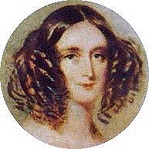
















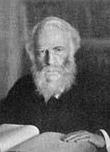

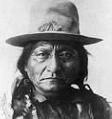












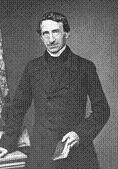


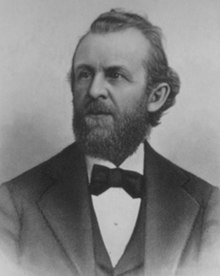
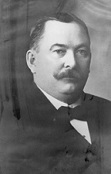
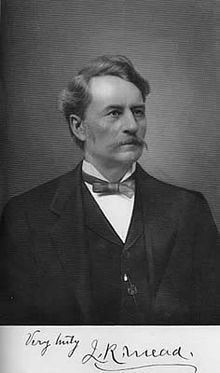




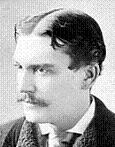


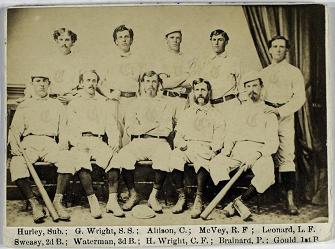



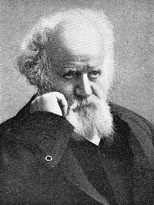




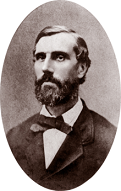


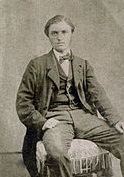
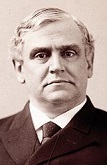





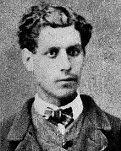
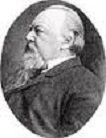
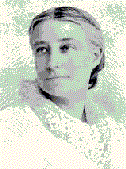
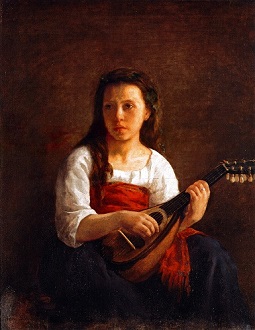


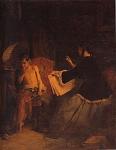


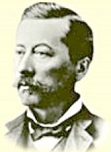
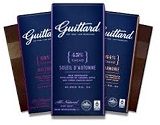


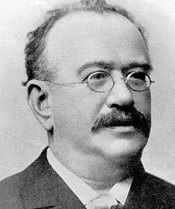
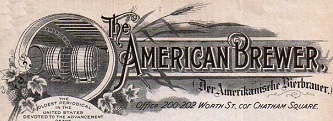
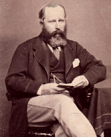
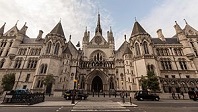
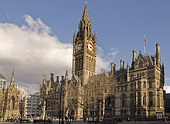
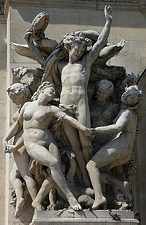
1868
Nat. debts: U.S.: $250M; Britain: $4.5B; France: $2.5B; Austria: $1.3B; Russia: $1.2B.
U.S. religious pop.: Roman Catholics: 4M; Methodists: 2M; Baptists: 1.7M.
Salaries: U.S. pres: $25K; cabinet members: $8K; chief justice: $6.5K; assoc. justices: $6K; state govs.: $1K (Vt., N.H., R.I.)-$7K (Calif.).
On Jan. 3 the Choshu and Satsuma army seizes the imperial palace in Kyoto, and on Jan. 4 15-y.-o. Japanese Yamato emperor Meiji announces the
Meiji Restoration
(Ouseifukko), re-establishing the emperor's authority over the shoguns, with the imperial capital at Kyoto, and head Satsuma samurai
Saigo Takamori (1842-77) ("The Last Samurai")
pressures him into abolishing the shogunate and ordering all Tokugawa land confiscated, starting the
Boshin War (ends May 1869); on Jan. 27-31 the
Battle of Toba-Fushimi
sees the 15K Tokugawa shogunate forces defeated by the smaller but more modern imperial army near Tobu and Fushima;
ex-shogun Tokugawa Yoshinobu (Keiki) escapes to Edo, then surrenders in May; in Oct. Edo is renamed
Tokyo ("eastern capital") (modern-day pop. 13.6M/37.8M), and the seat of govt. moved there from Kyoto next Mar.;
an all-out attempt to catch up to the industrialized West is now launched while the heads are flying in the samurai-style Boshin War, where the last samurai swords
get plenty of action; Saigo Takamori resists Westernization but finally goes for it, and the Age of the Samurai is kaput - like going far out for Buffalo wings?
On Jan. 8 Gen. Pedro Diez Canseco Corbacho (1815-93),
who had filled-in as pres. in 1863 and 1865 becomes pres. of Peru for a 3rd time, and again is soon replaced on Aug. 2 by
Jose Balta y Montero (1814-72) (until July 22, 1872). On Jan. 9 Am. writer
John William De Forest (1826-1906)
(Union Civil War vet.) pub. an article in The Nation, coining the term "Great American Novel",
"the picture of the ordinary emotions and manners of American existence", and claiming that Harriet Beecher Stowe's "Uncle Tom's Cabin" comes closest;
he adds "We may be confident that the Great American Poem will not be written, no matter what genius attempts it, until democracy, the idea of our day
and nation and race, has agonized and conquered through the centuries, and made its work secure."
On Jan. 10 after sending troops backed by Egyptian reinforcements to Crete to crush the revolt, the Ottomans enact a regulation establishing
councils with equal rep. for Muslims and Christians, reducing taxes, and exempting Christians from military service and conscription tax;
the Euro powers pressure Greece to accept it and stop the revolt.
On Jan. 15 after calling a piece of legislation "A monstrosity, a measure the most infamous of the many infamous acts of this infamous Congress",
U.S. Rep. (D-N.Y.), chmn. of the House Ways and Means Committee (1877-81)
Fernando Wood (1812-81)
is censured for use of unparliamentary language by 114-39, which doesn't stop him from winning reelection.
In Jan. the mag. The American Brewer (Der Amerikanische Bierbrauer)
(founded Dec. 1867) begins pub. in New York City (until ?), becoming the oldest mag. devoted to the beer brewing industry to survive to modern times;
the modern slogan is "The Business of Beer"; Polna, Bohemia, Germany-born chemist
Anton Schwarz (1839-95)
quickly works up from the staff to become the ed., and in 1880 he founds the
U.S. Brewers Academy
in New York City, becoming the first brewers college in the U.S.;
in 1882 he pub. Theory and Practice of the Preparation of Malt and the Fabrication of Beer
with Julius F. Thausing (prof. of the Modling brewing school near Vienna) and A.H. Bauer, which becomes the Bible for U.S. brewmasters;
his son Max Schwarz (1863-1901) succeeds him as ed. of the mag. and head of the academy.
On Feb. 16 the Benevolent and Protective Order of Elks (BPOE)
is founded in New York City by Joseph M. Norcross,
growing to 1.6M members in 1976 and 850K members in 2016; in 1892 belief in God is required for membership; members of the Communist Party aren't eligible;
women aren't allowed to join until the mid-1990s.
What's going on in your head, what's wrong?
On Feb. 24 after firing hard-ass war secy. Edwin M. Stanton again and replacing him with his personal enemy Maj. Gen.
Lorenzo Thomas (1804-75),
U.S. Army adjutant gen. (1861-9) (the dude who got sideswiped by Gen. William Tecumseh Sherman in 1861), U.S. Pres. Andrew Johnson
faces 11 articles of impeachment
for violation of the Tenure of Office Act et al., becoming the first U.S. pres. to be impeached; on Mar. 8 his trial in the U.S. Senate
begins, with the public so interested that tickets are scalped outside the Senate Chamber, and after a bitter trial where Thomas stinks himself
up by boasting that he would oust Stanton from office by force if necessary, Johnson is
acquitted on May 26 by one vote (35-19), that of Kansas Sen.
Edmund Gibson Ross (1826-1907) (imagine what was going through his head?);
from now on Radical Repub. influence in Congress begins to peter out, and thanks to a Southerner pres. the Southerners slide by and get out
from under the Carpetbaggers; the name of the Union Party (established 1864) is changed back to the Repub. Party.
On Feb. 25 British PM (since June 28, 1866) Edward Smith-Stanley, 14th Earl of Derby resigns, and on Feb. 27 Conservative
Benjamin Disraeli (1804-81) becomes PM of Britain (until Dec. 1) (279 days), but after the Conservatives are defeated
in the British gen. election, on Dec. 3 the leader of the all-new Liberal Party (the old Whig Party under a new name),
William Ewart Gladstone (1809-98) becomes British PM (until Feb. 17, 1874); Disraeli is offered a peerage by Queen Victoria,
which he accepts for his wife Mary Anne Disraeli (1792-1872), who on Nov. 30 becomes Viscountess Beaconsfield in Buckingham County.
On Mar. 2 Barnum's Museum in New York City burns down, killing the animals and doing $500K damage.
On Mar. 23 the U. of Calif. at Berkeley (UCB) is founded on 160 acres of land 4 mi. N of Oakland via a merger of the
private College of Calif. and the public Agricultural, Mining, and Mechanical Arts College of Oakland, becoming the first of 10 U of Calif. research univs.
On Mar. 16 the U.S. Supreme (Chase) Court rules unainimously in Crandall v. Nev.
that a state cannot hinder people from leaving by taxing them, invalidating a $1 tax, with Justice Samuel F. Miller writing the soundbyte:
"But if the government has these rights on her own account, the citizen also has correlative rights. He has the right to come to the seat of the government... This right is in its nature
independent of the will of any State over whose soil he must pass in the exercise of it."
In the spring Scottish-born conservationist John Muir (1838-1914) first comes to Yosemite, Calif.
On Apr. 1 Queen Rasoherina dies, and Anglophile Queen Ranavalona II (1829-83)
becomes ruler of Madagascar (until July 13, 1883), getting baptized as an Anglican next Feb. 20
and declaring Madagascar an Anglican country, while marrying you-know-who, Rasoherina's hubby, PM Rainilaiarivony, the real power.
On Apr. 2 (4:00 p.m. local time) the 7.9 1868 Hawaii Earthquake
hits the Ka'u district of the Big Island of Hawaii, killing 46 in Keauhou in the resulting tsunami, and 31 in a landslide in Kapapala.
On Apr. 7 Irish-born Thomas D'Arcy McGee (b. 1825),
who worked for a new nationality in Canada to escape Irish sectarianism and criticized the Fenians is assassinated in Ottawa, Ont.
by Irish-born Fenian sympathsizer Patrick James Whelan (1840-69),
er, that's whom they convicted, becoming the first political murder in the history of the new Dominion of Canada.
On Apr. 7 Mormon church leader Brigham Young marries his 27th and final wife.
On May 1 Wilkes County, N.C.-born former Confed. soldier Thomas C. "Tom" Dula (b. 1845)
is hanged in Statesville, Iredell County, N.C. for the May 25, 1866 murder of his fiancee Laura Foster (-1866),
with nat. publicity making him a legend, after which the Kingston Trio scores the hit song "Tom Dooley" in 1958; jealous Anne Melton
really did it, and he covered for her because of a love triangle?
On May 5 the first Memorial Day
is celebrated to honor fallen U.S. Civil War dead after a suggestion by a gen. for a day to decorate their graves.
On May 9 the city of Reno, Nev. in N Nev. on the Truckee River 22 mi. SW of Lake Tahoe (modern-day pop. 225K/425K)
is founded at Lake's Crossing on the Central Pacific Railroad in Truckee Meadows at the foot of the Sierra Nevada Mts., named for U.S. Gen.
Jesse Lee Reno (1823-62);
it is incorporated on Mar. 16, 1903, going on to become known as "the Biggest Little City in the World" for its hotels and casinos.
On May 19 the Cotonou (Kutonou) (Fon "river of death")
between Lake Nokoue and the Atlantic coast of Benin is ceded to France; in 1883 the French navy
occupies it to prevent British conquest; it goes on to become the largest harbor in the region,
and Benin's largest city and seat of govt. (modern pop. 750K-1.2M).
On May 20-21 the 1868 Repub. Nat. Convention
is held in Chicago, Ill.; "Hero of Appomattox" Gen. Ulysses S. Grant, docile tool of the "bloody shirt"
(no easy reconciliation with the South) Radical Repubs. is nominated for pres. on the first ballot; Radical New York City-born House Speaker (1863-9)
Schuyler Colfax Jr. of Ind. is nominated for vice-pres.; Grant's campaign slogan is "Vote as you shot"; on July 4-9 the
1868 Dem. Nat. Convention
in New York City takes 22 ballots to nominate former N.Y. gov. (1853-4, 1863-4)
Horatio Seymour (1810-86)
(a former Peace Dem. who had declared the Emancipation Proclamation unconstitutional and opposed conscription)
for pres., and Va.-born former U.S. Rep. and Civil War Union Gen.
Francis Preston Blair Jr. (1821-75)
of St. Louis, Mo. (son of Repub. Party founder Francis Preston Blair Sr.) for vice-pres.
On May 22 the Great Train Robbery
near Marshfield, Scott County, Ind. sees 12 members of the Reno Gang rob a Jeffersonville, Madison, and Indianapolis train and make off with $96K,
gaining nat. publicity; on July 29 they try to rob another train, only to find 10 Pinkerton agents waiting for them, wounding two and capturing
Volney Elliott, who IDs the other members in exchange for leniency, leading to two more arrests on July 30 in Rockport, Ind.; too bad, on July 20
vigilante mobs lynch them 3 mi. outside Seymour, Ind.; on Dec. 11 four more members of the gang are lynched after being taken from Floyd County Jail
in New Albany, Ind.; Frank Reno and Charlie Anderson were in federal custody at the time, becoming the first time a federal prisoner is lynched by
a mob before trial (until ?); nobody is prosecuted.
In May Russia occupies the E Uzbek city of Samarkand (modern-day pop. 500K), the old capital (1370-1405) of Tamerlane,
taking rule (since 1756) away from the Mongol emirs of Bukhara; in 1886 it becomes the capital of the new oblast of Russian Turkestan; in 1888 the Trans-Caspian Railway reaches it.
On June 1 the Navajo Wars end with the Treaty of Bosque Reondo,
signed at Ft. Sumter by Gen. William Tecumseh Sherman, and the decimated Navajos given a Rez consisting of 3.5M acres insider their four sacred mountains (one-tenth of their former lands); on
June 18 they set off on a Long Walk home, and after this experience unites them they systematically increase the size of their Rez to 16M acres.
On June 10 Serbian prince (since Sept. 26, 1860) Michael III Obrenovic (b. 1823) is assassinated, taking his big plans to unite the Balkans under his rule with Russian backing with him,
and his cousin Milan IV Obrenovic (1854-1901) becomes prince of Serbia; on Mar. 6, 1882 he proclaims a new kingdom of Serbia
and changes his title to Milan I (until Mar. 6, 1889).
On June 16 the Atlanta Constitution
newspaper is founded in Atlanta, Ga. (until ?), killing off the Daily Intelligencer in 1871; in 1876
Joel Chandler Harris (1845-1908)
begins running his Uncle Remus stories in it; in 1982 it combines with the Atlanta Journal (founded Feb. 24, 1883) to become the Atlanta Journal-Constitution.
She's got a ticket to ride, but she don't care?
On June 22 the Mutiny of San Gil
in Spain sees artillery sgts. shoot their officers, causing Gen.
Leopoldo O'Donnell y Joris, Count of Lucena (1809-67)
to order the execution of 60 sgts., leading on Sept. 18 to the
Liberal Glorious Rev. of 1868,
led by Adm. Juan Topete y Carballo (1821-85), Marshal
Francisco Serrano y Dominguez, Count of San Antonio (1810-85),
and Gen. Juan Prim y Prats, 1st Marquis of Los Castillejos, 1st Count of Reus, 1st Viscount of El Bruch (1814-70); on
Sept. 28 the royalists under Gen. Manuel Pavia are defeated by the rebels under Gen. Serrano at the
Second Battle of Alcolea (first in 1808); on
Isabella II (1830-1904),
who succeeded her father Ferdinand VII on Sept. 39, 1833 is forced to leave Spain for France and is declared deposed, and she abdicates in favor of her son
Alfonso XII (1857-85), who becomes king on Dec. 29, 1874 (until Nov. 25, 1885) - who's alone at the end of the evening?
On June 29 the First Vatican (20th Ecumenical Council)
is convoked by Pope Pius IX in the Vatican Basilica, and attended by 800 churchmen (ends Oct. 20, 1870); Cardinal
Henry Edward Manning (1808-92)
advances the Doctrine of Papal Infallibility,
drawing opposition within the Church led by German priest-theologian
Johann Joseph Ignaz von Doellinger (Döllinger) (1799-1890),
who begins pub. The Letters of Janus
in 1869, which claim that the 9th cent. False (Pseudo-Isidorean) Decretals,
which were exposed as forgeries in 1628 by Calvinist preacher David Blondel don't support it, or anything else,
going on to pub. the proceedings of the Vatican Council (1869-70) to keep the public informed of its shenanigans,
and after it votes for the dogma anyway he convenes a congress in Munich in Aug. 1870 which issues a declaration
against it, causing the archbishop of Munich to order him to submit, and when his letter of Mar. 28, 1871 containing
the soundbyte "As a Christian, as a theologian, as an historian, and as a citizen I cannot accept this doctrine"
doesn't move him he excommunicates him, making him more popular, getting him elected to rector magnificus of the
U. of Munich, and honorary degrees from the univs. of Oxford, Edinburgh, Marburg, and Vienna;
in protest against the First Vatican Council (1869-70), several groups of Roman Catholics in Austria-Hungary,
Germany, and Switzerland form the Old Catholic Church,
which Doellinger never joins; meanwhile defrocked French priest
Pere (Père) Hyacinthe (Charles Jean Marie Loyson) (1827-1912),
who joined the Carmelite Order in 1863, began preaching in the Cathedral of Notre Dame in Paris in 1865, and was
silenced and excommunited for the heterodox content in July 1869 begins associating himself with the anti-papal infallibility movement.
In summer Fort Fred Steele
is founded on the North Plate River near modern-day Sinclair, Carbon County, Wyo. to protect the Union Pacific Railroad to protect it from Indian attacks, joining
Fort Sanders (originally Fort John Buford) (spring 1868) near Laramie, Wyo., and
Fort David A. Russell (Aug. 1867) W of Cheyenne, Wyo.; by 1900 Ft. Russell becomes one of the
largest cavalry bases in the U.S., and home to Gen. Black Jack Perrshing, Billy Mitchell, Walter Reed, Carl Spaatz, Mark Clark et al.; in 1930 it is renamed
Fort Francis E. Warren, and in 1949 to Francis E. Warren AFB, becoming HQ of the 90th Strategic Missile Wing in 1963, which controls 200+ ICBMS during the Cold War
and becomes the only missile wing to house Peacekeeper missiles, which are deactivated in Oct. 2005.
On July 8 Bismarck ends guild protection by declaring industrial freedom.
On July 9 the Fourteenth (14th) (XIV) Amendment to the U.S. Constitution
is ratified, guaranteeing due process and equal protection of law (a monument to the Radical Repub. cause); it goes into effect on July 28.
In July the Burlingame (Burlingame-Seward) Treaty
with China, negotiated by U.S. secy. of state William H. Steward and U.S. minister to China (1861-7)
Anson Burlingame (1820-70) (made a special Chinese envoy to the U.S. and Europe by Prince Kung, regent of China)
becomes the first time that (Qing) China accepts the principles of internat. law, and the first fully equal treaty between China and a Western power since the Second Opium War
(1856-60); it establishes free immigration between the U.S. and China, guaranteeing unrestricted
immigration of Chinese laborers, in demand by Western mine owners and railroad builders as human ants and nitroglycerin fodder; give credit to the Andrew Johnson admin. for
this way to create a new slave class in the U.S. to replace blacks? - foul called: roughing the pigtail?
In July the Overland Monthly
is founded in San Francisco, Calif., with Bret Harte (1836-1902)
as ed., allowing him to pub. his kick-ass short stories of the Am. West, incl.
The Luck of Roaring Camp,
The Outcasts of Poker Flat,
Miggles,
Brown of Calaveras,
and his comic poem Plain Language from Truthful James (The Heathen Chinese).
In Sept. the Ottoman Imperial Lycee of Galatasaray
(founded 1481) reopens in Istanbul with a mainly foreign teacher body providing a modern education in French, going on to graduate key players in the Turkish govt.
On Oct. 1 Rama IV Mongkut (b. 1804) dies from malaria contracted in Wakor village in Prachuap Kiri Khan province after calculating a total solar
eclipse and inviting Sir Harry St. George Ord (1818-95),
British gov. of the Straits Settlements (Singapore) to view it with him; his son Prince Chulalongorn also gets it, but survives, becoming
Rama V Chulalongkorn "the Great Beloved" (1853-1910), Chakri king #5 of Siam - just your garden-variety P.I. case?
On Oct. 10 the San Diego Union
is founded in San Diego, Calif.; in 1888 it acquires the "San Diego Daily Bee", becoming the "San Diego Union and Daily Bee";
in 1928 it is acquired by Copley Press along with the "San Diego Evening Tribune" (founded Dec. 2, 1895), merging them on Feb. 2, 1992 as "The San Diego Union Tribune";
on Jan. 3, 2012 it is renamed "U-T San Diego"; on May 7, 2015 it is acquired by the Tribune Pub. Co. (tronc), who changes the name back; in Feb. 2018 it is acquired along with the
"Los Angeles Time" by Nant Capital LLC for $550M, reaching a modern-day circ. of 250K daily and 409K Sun.
On Oct. 10 after making his Grito (Cry) of Yara,
sugar mill owner Carlos Manuel de Cespedes (Céspedes) (1819-74)
stages a failed uprising in Cuba with a 147-man army after freeing and arming his slaves;
Cuban atty. Calixto Garcia y Iniguez (Íñiguez) (1839-98)
becomes brig. gen. and CIC of the Cuban revolt against Spain, starting the Ten Years' (Great) War (of 1868) (ends 1878),
led by Cuban-born planters and wealthy natives.
In Oct. the Second Geneva Conference
draws up a supplementary agreement to the 1864 Geneva Convention, leading to the establishment of the
Red Cross Society in 1870.
On Nov. 3 Ulysses S. Grant slimly (slimily?) wins over Seymour with 3M to 2.7M popular votes, making good use of over 500K Repub. votes cast by black freedmen in Southern states
(214 to 80 electoral votes); Andrew Johnson of Tenn., who had 15 of his 21 pres. vetoes overriden goes on to become (1875) the first (only) former U.S. pres. to be elected to the U.S. Senate.
On Dec. 8 Scottish-born Sir Mountstuart Elphinstone Grant Duff (1829-1906),
son of Scottish-born British soldier-historian James Grant Duff (1789-1858) becomes British undersecy. of state for India (until Feb. 17, 1874), followed by undersecy. of state
for the colonies in Apr. 23, 1880-June 26, 1881, and gov. of Madras in Nov. 5, 1881 (until Dec. 6, 1886).
On Dec. 18 Maj. Gen. Philip H. Sheridan, cmdr. of the Dept. of the Missouri arrests Kiowa leader Set-tainte after accompanying Gen. Custer and encountering him on Dec. 17
at Rainy Mountain Creek, where Set-tainte claims to be the white man's friend, offering to shake hands with him, which Sheridan refuses, saying he only shakes with someone he
is sure is a friend; after taking him to Ft. Cobb and threatening him with hanging if he doesn't get the rest of his party to enter the fort, Set-tainte's
son Tsa'lante
is sent with the message, and they begin arriving on Dec. 20, incl. co-leader Lone Wolf; they are released in Feb. 1869, Sheridan later claiming to regret not hanging them.
On Dec. 25 Pres. Johnson proclaims a complete pardon
for all who had been directly or indirectly involved in secession.
Prussia confiscates the territory of the king of Hanover.
Georgia expels blacks from its legislature, and is put under military rule by the damn Yankees.
Shitting, er, Sitting Bull (1831-90) becomes chief of the
Lakota branch of the Sioux nation; the
Fort Laramie Treaty
places the Black Hills of S.D. off-limits to white settlers; too bad, gold is found there in 1874 - white man speaks with forked tongue?
Former Union army Capt. (who resigned his commission after an incompetent white was placed over him as Maj. in his black regiment)
Oscar James Dunn (1820-71) (born a slave) is elected lt. gov. of La., becoming the first
black to hold an important public executive office in these here United States; Union Reconstructionists get the new
Grant Parish, La.
created in C La. as a Repub. enclave with a majority of freed slaves, and next year found the town of
Colfax (named after the vice-pres.);
too bad that the whites still own the plantations and most of the wealth, and the surrounding parishes are lily-white, mainly ex-Confed. soldiers?
The British send an armed expedition to Ethiopia which captures Magdala (Makdala) on the Gulf of Aden;
Egypt occupies Bogos in Eritrea until 1884), pissing Ethiopia off.
After the Boers kick more Basuto butt, Basutoland is proclaimed a British protectorate by next year.
The landlocked 61-sq.-mi. principality of Liechtenstein
on the E bank of the Rhine S of Lake Constance between Austria and Switzerland abolishes its army, and manages to stay neutral and undamaged
in all European wars to come (until ?); next year it concludes a customs union with Austria, and in 1871 it becomes the only German principality
to stay outside the new German Empire.
Shir Ali and his son Mohammed (Muhammad) Ya'qub (Yakub) Khan (1849-1923)
recover Kabul and Kandahar, and Shir Ali is reinstalled as ruler of Afghanistan (until 1879).
A famine in Algiers drives people to cannibalism.
Spanish pretender Don Juan, brother of Don Carlos Luis resigns his claims to his son
Don Carlos Maria de los Dolores de Borbon (1848-1909).
John Stuart Mill loses his reelection and returns to Avignon, France until his 1873 death.
After setting up the first sundry and drug store between San Francisco, Calif. and the Missouri River in the 1850s and becoming wealthy,
Middlesex, England-born Mormon convert William Samuel Godbe (1833-1902)
joins other Mormon merchants in questioning the economic demands of Brigham Young, then travels with his English-born Mormon architect friend
Elias Lacy Thomas Harrison (1830-1900)
to New York City to attend seances, in which the medium claims to receive visitations from Joseph Smith, Heber C. Kimball, Apostles Peter, James, and John, and
King Solomon, ending with German naturalist Alexander Humbolt; on Oct. 25, 1869 after questioning the dogma of the infallibility of the LDS Churchpres.,
they are tried for apostasy in Salt Lake City, and execommunicated, forming the Church (Godbeite) of Zion, which merges Mormonism with Spiritualism, which
folds in the 1880s; meanwhile in Feb. 1870 they found the Liberal Party of Utah
to opposite LDS People's Party candidates, also founding the Mormon Tribune for ex-LDS Church members who disagree with the church's economic and political positions,
changing its name in 1871 to the Salt Lake Tribune;
in 1873 Kan. businessmen Frederic Lockley, George F. Prescott, and A.M. Hamilton acquire it and turn it into a pure anti-Mormon rag that backs the Liberal Party and blasts
Brigham Young with contempt, incl. the Aug. 30, 1877 ed.:
"He was illiterate and he has made frequent boast that he never saw the inside of a school house. His habit of mind was singularly illogical and his public addresses the
greatest farrago of nonsense that ever was put in print. He prided himself on being a great financer, and yet all of his commercial speculations have been conspicuous failures.
He was blarophant, and pretended to be in daily [communion] with the Almighty, and yet he was groveling in his ideas, and the system of religion he formulated was well nigh Satanic";
the Liberal Party disbands in 1893; in Oct. 1901 new wealthy Roman Catholic U.S. Sen. (R-Utah) (1901-5)
Thomas Kearns (1862-1918) (owner of the Silver King Coalition Mine in Park City, Utah)
secrety acquires the newpaper and eliminates its anti-Mormonism to smooth relations with the mostly-LDS state legislature, going on gain the backing of the new anti-LDS Church
American Party (founded in 1905 and dissolved in 1911) and become the first Utah politician to establish a
nat. and internat. reputation, becoming friends with Pres. William McKinley, Pres. Theodore Roosevelt, and Pres. Howard Taft, helping to make
Fort Douglas (founded Oct. 1862; closed 1991) a regimental post.
The city of Wichita, Kan. (modern-day pop. 382K/680K) on the Arkansas River in SC Kan. is founded as a trading post
on the Chisholm Trail by New Haven, Vt.-born James R. Mead (1836-1910), becoming a destination for cattle drives from Tex.
and gaining the nickname "Cowtown"; after the railroad arrives, it is incorporated as a city on July 21, 1870.
The Canadian govt. takes over the territory of the Hudson's Bay Co., incl. the Red River Settlement, with a pop. of 12K, 10K of them Metis (mixed Indian and French or Scottish).
The ruins of Great Zimbabwe
16 mi. SE of Lake Victoria in Mashonaland, Rhodesia, consisting of the Temple and the Acropolis are accidentally discovered by a German expedition led by
Adam Renders.
Boone, Iowa 43 mi. NW of Des Moines is incorporated, named after Daniel Boone's son Col.
Nathan Boone (1781-1856).
An expedition led by Ernst Jakob Oppert (1832-1903)
of Germany, put up to it by Roman Catholic Father Feron
of France goes to Korea with 100 Chinese and Malaysian pirates to rifle royal tombs rumored to be full of gold, planning to steal the remains of the father of regent
Yi Haeung in order to blackmail the regent into removing trade barriers, but the Koreans attack and force them to give up.
The Stockholm-Gothenburg Railway
in Sweden is completed, built by Nils Ericsson,
brother of John Ericsson, builder of the USS Monitor.
18-y.-o. French writer Guy de Maupassant witnesses the near drowning of English poet Algernon Charles Swinburne in Etretat, France, and is invited to dinner by Swinburne, who treats
him to a main dish of roast monkey, and seats him next to a large ape who pushes the Frenchman's head aside every time he tries to take a drink - the original hootie and the blowfish?
The first Trades Union Congress is held in Manchester, England.
French opposition leader Leon Gambetta (1838-82)
gives a speech attacking the 1851 coup of Emperor Napoleon, making him famous and getting him elected to the chamber of deputies in 1869.
The 3.47M sq mi. Wind River Indian Reservation
in the Wind River Basin of WC Wyo. is established for the Eastern Shoshone Indians; next June 28 Camp Augur military post is established in modern-day Lander, Wyo., renamed
Camp Brown in 1870, and renamed Fort Washakie in 1878
in honor of Shoshone Chief Washakie (1798-1900), becoming the first (only) U.S. military outpost named after a Native Am.,
becoming the home of the graves of Sacajawea before being abandoned by the military in 1909.
The Munich College of Technology
in Germany is founded.
The Imperial Museum
is founded in Istanbul, fostering archeological studies.
New York Tribune ed. (since 1849)
Charles Anderson Dana (1819-97)
(who had been made special investigator by war secy. Edwin M. Stanton during the
U.S. Civil War, causing Pres. Lincoln to call him the eyes of his admin., and became friends
with Gen. Grant) becomes ed. of the New York Sun, going on to crank out editorials opposing
the impeachment of Pres. Johnson, supporting Grant for pres., then criticizing him after he
gets in office, favoring Samuel Tilden and calling Rutherford B. Hayes "the fraud president",
then opposing Grover Cleveland in his first term and supporting him in his 2nd, while criticizing
him as usual, finally opposing William Jennings Bryan - he does Dana right?
Susan Brownell Anthony (1820-1906)
founds the women's rights newpaper The Revolution,
demanding an 8-hour day and equal pay for equal work, with the motto "The true republic - men,
their rights and nothing more; women, their rights and nothing less."
The Lambs Club (The Lambs Inc.),
named after Charles and Mary Lamb is founded in London for actors by Sir
John Hare (Fairs) (1844-1921)),
who becomes Shepherd #1; in Dec. 1874
Henry James Montague (Mann) (1846-78)
founds the Lambs of New York; "The Players are gentlemen trying to be actors, the Lambs are
actors trying to be gentlemen, and the Friars are neither trying to be both." (George S. Kaufman).
German clergyman F.A. Klein discovers the Moabite Stone
in the highlands of Moab (Dibon, Jordan); it records the Moabite war with Israel about 850 B.C.E (2 Kings 3:27).
The Savile Club
on Brook St. in London is founded for actors, writers, publishers, etc., becoming more staid then the Savage Club (founded 1857).
Mikhail Bakunin founds the Alliance Internationale de la Democratie Sociale.
Gregor Mendel is elected abbot, and no longer has time for his genetics experiments - darn peas are beneath my dignity now?
The University Extension Movement
is founded in Cambridge, England to provide education by mail, becoming the first correspondence school.
Andrew Dickson White (1832-1918)
becomes pres. of Cornell U. (until 1885).
Andrew Carnegie (1835-1919),
who started out as a poor immigrant from Scotland at age 13 then became a telegraph operator,
finally making a fortune with the Woodruff Sleeping Car Co., then entering the steel biz in
1865 with former blacksmith Andrew Klopman
brings the Bessemer steel-making process to the U.S., rocketing to a steel monopoly by 1888.
The first World Almanac
is pub. by the New York World (108 pages); pub. is suspended in 1876, then revived in 1886 by Joseph Pulitzer.
Whitaker's Almanack
begins pub. in England.
Wermelskirchen, Dusseldorf, Germany-born chemist John Ewald Siebel (1845-1919)
founds Siebel Inst. of Technology
in Chicago, Ill., becoming the oldest beer brewing school in the U.S.
James Glentworth Butler (1821-1916)
resigns as pastor of the Walnut St. Presbyterian Church in Philly, and becomes ed. of the influential internat.
Christian Union (until 1911).
The Royal Historical Society (RHistS) (RHS)
at the Univ. College in London, England receives a royal charter, merging with the Camden Society (founded 1838) in 1897; pres. #1 (1871-2) is
George Grote (1794-1871),
followed by John Russell, 1st Earl Russell (1873-8) (grandfather of Sir Bertrand Russell),
Henry Austin Bruce, 1st Baron Aberdare (1815-95) (1878-91),
Sir Mountstuart Elphinstone Grant Duff (1829-1906) (son of James Grant Duff) (1891-99),
Sir Adolphus William Ward (1837-1924) (1899-1901), and
Sir George Walter Prothero (1848-1922) (1901-5);
in 2012 Peter Mandler (1958-) becomes pres. (until ?).
Guittard Chocolate Co.
is founded in San Francisco, Calif. by failed French-born Calif. Gold Rush prospector
Etienne Guittard (1838-99),
who passes the business to his son Horace C. Guittard; in 1954 they move to Burlingame, Calif.;
the co. specializes in couverture (high cocoa butter) chocolate.
After coffee trees brought to Kona, Hawaii Island in the late 1820s by Protestant missionaries of Kahikolu Church produce coffee of uneven quality,
Lancaster, England-born merchant Henry Nicholas Greenwell (1826-91)
establishes the Kona coffee brand, which is honored at the 1873 Vienna World's Fair and the 1876 Philadelphia Centennial Exposition; in
1882 Samuel Reverend Ruggles introduces
Brazilian coffee to the Kona district.
Sports:
The Am. Stud Book
is launched in the U.S., launching organized Thoroughbred horse racing; by 1890 there are 314 racetracks.
Scottish golfer Thomas "Young Tom" Morris Jr. (1851-75)
becomes the first golfer to score a hole-in-one; next year he and his father Old Tom Morris Sr. finish the Open Championship 1-2, becoming the first father-son 1-2 (until ?).
The first Thames Cup yacht race is held at Henley Regatta in England.
The first bicycle race (2 km.) is held in the Parc de St.-Cloud in Paris on May 31.
The Stem Christie (Christiania) (former name of Oslo) move to stop a person on skis is invented.
Architecture:
Essex-born English Victorian Gothic Revival architect George Edmund Street (1824-81)
designs the Royal Courts of Justice (Law Courts) in London (1868-82).
The Moorish Revival Spanish Synagogue
in Prague is built over the ruins of the Old Synagogue, which was demolished last year.
Alfred Waterhouse designs the the Manchester Town Hall (1868-71).
Inventions:
On Mar. 5 Charles Henry Gould
patents the Stapler - 3-5-68, staple that in your 7 golden memories?
Thomas Alva Edison (1847-1931)
applies for his first little patty pat patent on Oct. 11, an Electrical Vote Recorder, then quits Western Union next year to go full-time in the inventing biz.
On Nov. 28 French inventor Louis Arthur Ducos du Hauron (1837-1920)
patents color photography; in 1872 he takes the color photo Landscape of Southern France (Angouleme)
using the subractive method (yellow-cyan-magenta); on May 7, 1869 French poet Charles Cros (1842-88)
pub. Solution Generale du Probleme de la Photographie des Couleurs,
an independent invention of color photography; in 1877 he invents Paleophone,
which reproduces recorded sound using photoengraving, beating Thomas Edison to the punch but failing to build a working model.
Detroit, Mich. meatpacker George Henry Hammond (1838-86)
patents a refrigerator car that suspends beef carcasses above an ice-salt mixture, building sales to $2M by 1875, and causing the
town of Hammond, Ind. to be named after him before moving to Omaha, Neb. and building up to 800 cars; too bad, the carcasses swing when going around curves, causing derailment.
George F. Green
of the U.S. devises a pneumatic Dental Drill,
followed by an electric drill in 1874, which he patents Jan. 26, 1875.
John K. Mayo
invents Plywood - sounds like a termite sandwich?
Edmund McIlhenny
(1815-90), who moved in with his in-laws on their ruined plantation on
Avery Island, La. (known for its salt mines) after the U.S. Civil War and
began planting C Am. peppers begins making
Tabasco
brand pepper sauce, obtaining a patent in 1870.
Ernest Sylvain
of France patents the
Eolienne Bollee (Éolienne Bollée),
a wind turbine with a stator and rotor like a water turbine.
The refrigerator railroad car is patented by ?.
The first traffic signal is installed outside the Houses of Parliament
in London, consisting of two semaphore arms plus red-green gas lamps
for night use; too bad, it soon blows up, killing a bobby.
Science:
On Mar. 14 French neurologist Jean-Martin Charcot becomes the first to present
Multiple Sclerosis (MS)
as a distinct disease to the French Biological Society.
After an eclipse, French astronomer
Pierre Jules Cesar (César) Janssen (1824-1907),
along with English chemist Sir Edward Frankland (1825-99)
and English astronomer Sir Joseph Norman Lockyer (1836-1920)
of England discover a new element in the Sun's chromosphere which they call
Helium (He) (#2); it takes until 1895 for Sir William Ramsay to prove that it exists on Earth.
English naval engineer William Froude (1810-79)
pub. the definition of the Froude Number
(ratio of inertial force on a fluid element to its weight), a kind of Mach number for ships that allows model ships to be used in hull design tests.
Sir William Huggins calculates the radial velocity of the star Sirius from its slight red spectral shift.
The first remains of the Cro-Magnons
are discovered in Les Eyzies, Dordogne, France by French paleontologist-geologist Louis Lartet (1840-99) (son of Edouard Lartet)
declaring them the first homo sapiens in Europe, and the successor of Neanderthal man, living about -45K; later the term European Early Modern Humans is preferred.
The sleep-inducing qualities of chloral hydrate are discovered by ? - the first modern date rape drug?
Nonfiction:
Louis Agassiz (1807-73) and Elizabeth Cabot Agassiz (1822-1907),
A Journey in Brazil;
their 1865-6 trip.
Anders Jonas Angstrom (1814-74),
Researches on the Solar Spectrum;
a monumental work mapping the Solar spectrum, giving the wavelengths of 1K Fraunhofer lines to six significant figures in units of 10**-10 (10E-6) m,
which is later named the Angstrom unit.
Eugenio Beltrami (1835-99), Saggio de Interpretazione della Geometria Non-Euclidia
(pub. in "Giornale di Matematico di Napoli"); first model of hyperbolic geometry, helping to lay the foundations of modern geometry,
going on to prove the equal consitencey of hyperbolic and Euclidean geometry and define the Klein, Poncare disk, and Poincare half-plane models.
Walter Besant (1836-1901), Studies in French Poetry.
Georg Brandes (1842-1927), Aesthetic Studies.
Daniel Garrison Brinton (1837-99), The Myths of the New World;
attempts to scientifically study Am. Indian mythology.
Robert Williams Buchanan (1841-1901), David Gray and Other Essays, Chiefly on Poetry.
Paul du Chaillu (1835-1903), Stories of the Gorilla Country.
Lydia Maria Child (1802-80), An Appeal for the Indians;
leads to the 1869 founding of the U.S. Board of Indian Commissioners.
Charles Darwin (1809-82),
The Variation of Animals and Plants under Domestication.
Thomas McIntyre Cooley (1824-98), A Treatise on the Constitutional Limitations Which Rest Upon the Legislative Power of the States of the American Union;
becomes a std. texbook; 6th ed. pub. in 1890.
Andrew Jackson Davis (1826-1910), A Stellar Key to the Summer Land.
Urbain Dubois (1818-1901),
Cuisine de tous les pays, études cosmopolites où sont rassemblées nombre de recettes, allemandes, françaises, italiennes, anglaises, russes, polonaises, etc.
Charles Lockc Eastlake (1836-1906), Hints on Household Taste;
preaches a creed of medieval simplicity in furniture, and starts a style; too bad that when it comes to house exteriors, enthusiasts go overboard and use their lathes and scroll saws to excess.
Theophile Gautier (1811-72), Report on the Progress Literature Since 1830.
Nathaniel Hawthorne (1804-64), American Notebooks (posth.); ed. by Sophia Hawthorne.
Ernst Haeckel (1834-1919), The Natural History of Creation;
tries to work out the practical application of Darwinian evolution to zoology, formulating a genealogical classification of animals - we thank you God for the mystery of life, er,
see what the world is talking about?
Alexander Herzen (1812-70), My Past and Thoughts (autobio.); best 19th cent. Russian memoir?
Pierre Larousse (1817-75), Grammaire Superieure (Supérieure);
becomes the basis for French elementary school language instruction.
Matthew Fontaine Maury (1806-73), The World We Live In.
Dadabhai Naoroji (1825-1917), Admission of Educated Natives into the Indian Civil Service.
Alexander Hamilton Stephens (1812-83),
A Constitutional View of the War between the States.
John Forbes Watson and John William Kaye (1814-76),
The People of India
(8 vols.) (1868-75); a photographic survey of the Indian people, commissioned
by Indian viceroy Charles Canning, 1st Earl Canning (1812-62).
August Weismann (1834-1914), Uber die Berechtigung der Darwinschen Theorie
(On the Justification of Darwin's Theory); how many biological facts can't be
explained by Creationism, necessitating a theory of evolution, making it a fact?
Joseph Whitaker & Sons, Whitaker's Almanack;
pub. in Britain annually until ?; Sir Winston Churchill becomes a fan; a copy is sealed in Cleopatra's Needle on the Thames River.
Music:
Isaac Albeniz (1860-1909), Marcha Militar (first pub. composition, at age 8).
Daniel Auber (1782-1871), Le Premier Jour de Bonheur (opera) (Opera Comique, Paris).
Georges Bizet (1838-75), Symphony in C major.
Johannes Brahms (1833-97), Ein Deutsches Requiem, Op. 45 (German Requiem); written after his mother dies;
Brahms' Lullaby (The Cradle Song), Op. 49 No. 4;
lyrics from the German folk poem collection "Des Knaben Wunderhorn", and the 2nd stanza by Georg Scherer (1824-1909); first sung by Brahms' friend Bertha Faber.
Phillips Brooks (1835-93) and Lewis Henry Redner (1831-1908), O Little Town of Bethlehem;
lyrics composed by the rector of the Episcopal Church of the Holy Trinity in Philly three years after visiting the real town of Bethlehem; his organist
Lewis Henry Redner (1831-1908) composes the music.
Modest Petrovich Moussorgsky (Mussorgsky) (1839-81), Boris Godunov (1868-74).
Bedrich Smetana (1824-84), Dalibor (opera).
Franz von Suppe (1819-95), Die Frau Meisterin (operetta) (Carltheater, Vienna) (Jan. 20).
Peter Tchaikovsky (1840-93), Symphony No. 1.
Ambroise Thomas (1811-96), Hamlet (opera) (Mar. 9) (Grand Opera, Paris); based on William Shakespeare's play.
Richard Wagner (1813-83), Die Meistersinger von Nurnberg (Munich).
Art:
Jean-Baptiste Carpeaux (1827-75), La Danse (The Dance); for facade of the Opera Garnier in Paris, which is widely panned as obscene,
causing an anon. vandal to throw black ink over it in Aug. 1869; in 1964 it is moved to the Louvre.
Mary Cassatt (1844-1926), The Mandolin Player.
Paul Cezanne (1839-1906), Overture to Tannhauser: The Artist's Mother and Sister.
Pierre Puvis de Chavannes (1824-98), Marseille as a Greek Colony (mural);
Marseille the Emporium of the East (mural); both murals end up in the Palais Longchamps, Marseille.
Charles-Francois Daubigny (1817-78), Andresy sur Oise.
Edgar Degas (1834-1917), L'Orchestre (The Orchestra of the Opera).
William Powell Frith (1819-1909), Before Dinner in Boswell's Lodgings; sells for £4567, the highest retail price yet paid for the work of a living artist.
Nikolaos Gyzis (1842-1901), Eros and the Painter.
Johan Jongkind (1819-91), Boats Near the Mill in Holland; anticipates Impressionism?
Hans Makart (1840-84), The Plague in Florence.
Gustave Moreau (1826-98), Prometheus.
Pierre-Auguste Renoir (1841-1919), The Skaters.
Frederick Sandys (1829-1904),





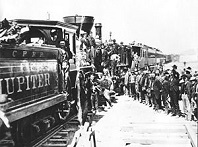






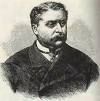




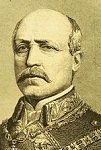




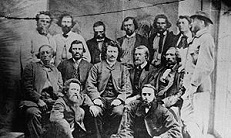











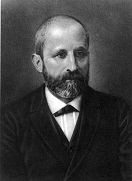
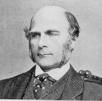

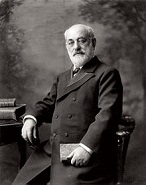
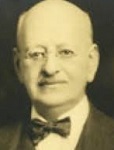


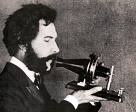



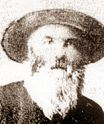





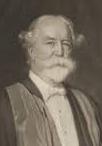









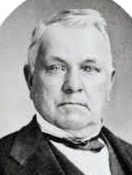
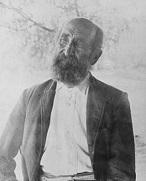



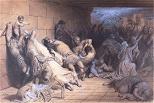

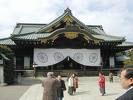

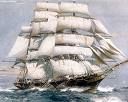
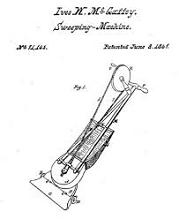

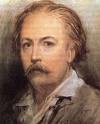

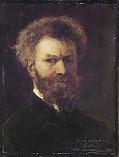
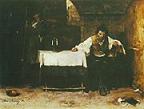
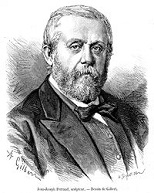
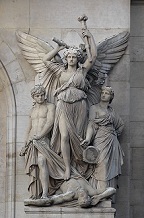
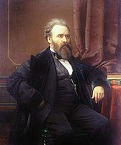
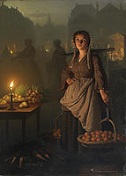
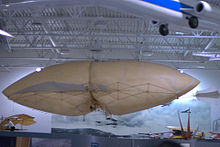

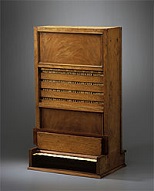


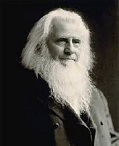
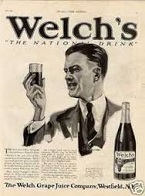
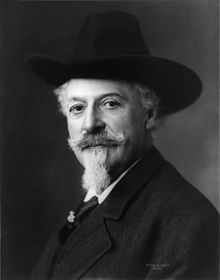

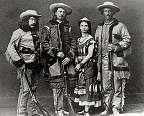

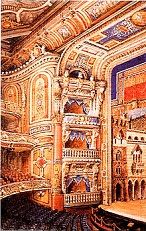
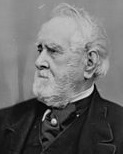
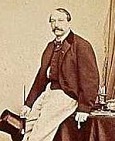
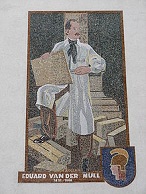
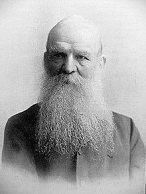
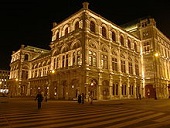
1869 It's time for the next generation of generals and nurses to go to college? On Jan. 1 Sigma Nu, the first anti-hazing fraternity is founded by three cadets at Va. Military Inst. in Lexington, Va.; on Jan. 21 P.E.O. Sisterhood is founded at Iowa Wesleyan College in Mount Pleasant, Iowa, becoming one of the first female sororities; on Dec. 10 Kappa Sigma fraternity is founded at the U. of Va. On Jan. 12 Richard Southwell Bourke, 6th Earl of Mayo (1822-72) becomes British viceroy of India (until Feb. 89, 1872), running the 1K-man Indian Civil Service, which rules 300M people in India, Pakistan, Burma, and Bangladesh amid polo matches and teas on the veranda - watch them four-letter words? On Jan. 20 Elizabeth Cady Stanton becomes the first woman to testify before the U.S. Congress - did you make anybody mad? On Feb. 5 the city of Darwin on the Timor Sea in Australia's Northern Territory (modern-day pop. 145K) is founded by South Australia surveyor-gen. George Woodroffe Goyder (1826-98), originally named after British PM Lord Palmerston until 1911, when it is named after Charles Darwin, who surveyed the area on Sept. 9, 1839; in the 1870s telegraph pole diggers discover gold, causing a gold rush that boosts the white pop. to 300; the city ends up being rebuilt 4x after cyclones in 1897, 1937, and 1974, and Japanese air raids in WWII. On Feb. 15 charges of treason against Confed. Pres. Jefferson Davis are dropped - he is, after all, still as white as we are, right? On Feb. 15 the U. of Neb. is founded in Lincoln, Neb. as a land-grant univ., going on to pioneer the Nebraska Method of ecological study; the sports teams are called the Cornhuskers. On Feb. 27 the 40th Congress sends the Fifteenth (15th) Amendment to the U.S. Constitution (African-Am. voting rights) to the states for approval (ratified 1870). In Feb. the Spanish Cortes draws up a new 1869 Spanish Constitution (#6), which is enacted on June 1, creating a constitutional monarchy, with Marshal Francisco Serrano, 1st Duke of la Torre (1810-85) becoming regent on June 18 (until Sept. 27, 1870), recognizing the right of freedom of religion for the first time; on Mar. 9 Bismarck backs Prince Leopold Stefan Karl Anton Gustav Eduard Tassilo von Hohenzollern-Sigmaringen (1835-1905), head of the Swabian branch of the House of Hohenzollern as the new king, and he accepts, but big Hohenzollern house head Wilhelm I nixes it after French protests. On Mar. 4 46-y.-o. Point Pleasant, Ohio-born West Point grad. Gen. Ulysses S. Grant (Hiram Ulysses Grant) (1822-85), AKA "Unconditional Surrender Grant", "the American Caesar", "the Hero of Appomattox", "Useless Grant", "Uncle Sam Grant", "the Galena Tanner" (his daddy's occupation in Point Pleasant, Ohio, and almost his) (a good artist known for modesty who smokes 20 cigars a day and hates hunting and the mistreatment of animals, the sight of blood making him ill, and is a speed junkie, horses that is) becomes the 18th U.S. pres. (until Mar. 4, 1877) youngest pres. until JFK) in the 24th U.S. Pres. Inauguration in Washington, D.C.; outgoing Pres. Andrew Johnson doesn't attend the inauguration ceremonies after Grant refuses to sit with him in the carriage; the first time that special tickets are required for admission to the U.S. Capitol in inauguration day; eight divs. of soldiers march down Pennsylvania Ave. during the inaugural parade, becoming the grandest so far; the evening inauguration ball is held in the U.S. Treasury Bldg.; U.S. House Speaker #25 (since Dec. 7 1863) Schuyler Colfax Jr. (1823-85) of Ind. becomes the 17th U.S. vice-pres. (until Mar. 4, 1873); Grant becomes the last of 12 U.S. presidents to have owned slaves, and the 4th and last of these not to own any while in office; ex-pres. Johnson later returns to the U.S. Senate, becoming the first pres. to do so (until ?); Grant likes to have breakfast in the Willard Hotel in Washington, D.C., causing favor-seekers to hang around; Julia Dent Grant (1826-1902) becomes the first First Lady to issue press releases; too bad, Grant gets into nepotism, appointing his wife's relatives and old army chums; on Mar. 5 Ill. Repub. Rep. (since 1853) Elihu Benjamin Washburne (1816-87) becomes U.S. secy. of state #25 (until Mar. 16), but ends up as U.S. minister to France on Mar. 23 (until Sept. 5, 1877), after being replaced on Mar. 17 by New York City-born Hamilton Fish (1808-93) as U.S. secy. of state #26 (until Mar. 12, 1877), becoming known as the pillar of the grand admin., going on to settle the Alabama claims, prepare for Hawaiian statehood, and make peace with Spain. On Apr. 2 the Royal Commission on Historical Manuscripts (Historical Manuscripts Commission) (HMC) in Britain is established to survey private archives of gen. historical interest; in 2003 it officially merges with the Public Record Office to form the Nat. Archives. On Apr. 6 Conn.-born Ebenezer Don Carlos Bassett (1833-1908) is appointed U.S. minister to Haiti, becoming the first black U.S. diplomat, and the first black pres. appointee - not Maj. James West? On Apr. 6 the Am. Museum of Natural History and the Am. Museum of Natural History Library are founded in New York City at Central Park West and 79th St. On Apr. 10 the U.S. Board of Indian Commissioners is established by Congress to advise it and inspect supplies delivered to Indian agencies; it starts out with ten little WASPs. On Apr. 12 the U.S. Supreme (Chase) Court rules 7-1 in Texas v. White that the U.S. Constitution doesn't permit states to unilaterally secede from the U.S. - a coverup for the winner's side? On May 1 the Follies Bergere musical hall opens in Paris, getting into trou-dropping striptease by the 1890s. On May 10 (2:47 p.m. EST) the 1,907-mi. $100M Union Pacific-Central Pacific First Transcontinental Railroad AKA the Overland Route is completed by 3K mainly Irish workers, and the last Golden Spike (originally mahogany with silver plaque, which is stolen) is driven at Promontory Summit, Utah (U-tie?) 66 mi. NW of Salt Lake City at 2:47 P.M. EST by Central Pacific pres. (since 1861) (Repub. Calif. gov. #8 in 1862-3) Amasa Leland Stanford (1824-93) with a silver hammer (first swing misses) (made by Schultz, Fisher and Machling of San Francisco, weighing 18 oz., with a 6-in. nugget attached to the head); the chief engineer of the Central Pacific Railroad Co. of Calif. is Bridgeport, Conn.-born Theodore Dehone "Crazy" Judah (1826-63), which built 690 mi. (1,110 km) E from Sacramento, Calif.; the Union Pacific Railroad Co. built 1,085 mi. (1,746 km) W from Council Bluffs, Iowa (near Omaha, Neb.) to Promontory Summit, Utah Territory; the Western Pacific Railroad Co. built 132 mi. (212 km) from the W terminus at Alameda/Oakland, Calif. to Sacramento, Calif.; Judah funded the Central Pacific from funds from four Sacramento merchants incl. Stanford, Collis Potter Huntington (1821-1900), Mark Hopkins Jr. (1813-78), and Charles Crocker (1822-88); Union Pacific locomotive #119 and Central Pacific locomotive #60 ("Jupiter") are the first to cross; the word "done" is sent out over the telegraph wires; the golden spike is then withdrawn for safekeeping, and is used in Cecil C. DeMille's 1939 film Union Pacific; the eastbound team covered 690 mi. and the westbound team 1,086 mi.; the Union Pacific Railroad, the first transcontinental (New York City to Sacramento) railroad is chartered; the first train from Sacramento reaches New York City on July 29 after a journey of 6.5 days; the railroad allows East Coast beer to be shipped to the West; during the next decade the U.S. lays down railways at the rate of 10K mi. a year, causing travel on the Oregon Trail to die out; the railroad brings loads of non-Mormon settlers into the gigantic Mormon dream state of Deseret, causing plans to be dropped in favor of the more realistic Mormon state of Utah. On May 19 the territory of Wyoming (Wyo.) (Delaware for "mountains and valleys alternating") is organized, and in Dec. it becomes the first U.S. territory to grant women the right to vote and hold public office. On May 29 Mount Morris, N.Y.-born geologist John Wesley "Wes" Powell (1834-1902) of Ill. Wesleyan U. begins the 3-mo. Powell Geographic Expedition of 1869) starting from Green River Station, Wyo., becoming the first recorded trip by white Euros through the entire Grand Canyon, ending at the confluence of the Colorado and Virgin Rivers in Nev., surviving hardships incl. boat losses to pub. The Exploration of the Colorado River and Its Canyons in 1875. On May 30 (evening) some kind of unknown fire falls on the village of Greiffenberg, Germany and neighboring villages, followed by a tremendous peal of thunder? In May Susan Brownell Anthony and Elizabeth Cady Stanton form the Nat. Woman Suffrage Assoc. (NWSA), seeking a federal constitutional amendment; in Nov. Lucy Stone, Henry Blackwell et al. form the less militant Am. Woman Suffrage Assoc. (AWSA), focusing on amending state constitutions; in Dec. Wyoming Territory passes the first women's suffrage law in the U.S., and women begin serving on juries next year - is that like the NFL and the AFL working to host a Super Bowl? On July 4 the world's first Rodeo is held in Deer Trail, Colo. On Aug. 9 the Social Dem. Workers' Party (Social Dem. Party) (SPAD) is formed in Eisenach, Germany by members of Ferdinand August Bebel's Federation of Workers and dissenting members of the Gen. Workers' Assoc. (ADAV); it starts out Marxist, then in 1875 merges with the ADAV to form the Socialist Workers' Party of Germany (SAPD), renamed to the Socialist Party of Germany (SPD) in 1890 - calling a spade a spade? On Aug. 31 Irish scientist Mary Ward (b. 1827) becomes the first person to be killed in an automobile accident when she falls under the wheels of an experimental steam car built by her cousins. In Aug. Ariz. legislator King S. Woolsey strikes terror one last time in the hearts of the starving Indians, packing corn cakes laced with strychnine on his pack mule and leaving it to be stolen while talking peace; then after some take the bait and begin writhing in agony, he and his men shoot them and their fleeing companions down. On Sept. 9 Mzilikazi (b. 1790) dies during the rush of whites into the area after the discovery of gold the previous year, and his 6' 300-lb. loinclothed son Lobengula Kumalo (1845-94) ("prince of princes") ("thou black one") ("thou great bull elephant") becomes king #2 of the Matabele nation of former Zulus in South Africa (until Jan. 1894), going on to utter the soundbyte: "England is a chameleon and I am a fly", signing the Tati Concession, giving the British the right to search for minerals in the SW part of the kingdom between the Shashi and Ramaquiban Rivers; luckily, the whites don't move in bigtime until 1890, allowing him time to become the Macbeth or King Lear of African kings, starting with facing a civil war (ends 1872). On Sept. 24 (Fri.) Black Friday sees a group of speculators led by Jason "Jay" Gould (1836-92) and James "Diamond Jim" "Big Jim" "Jubilee Jim" Fisk Jr. (1835-72), who began purchasing large quantities of gold from New York City banks on Sept. 2 then planted rumors that the govt. would not intervene rapidly cause new treasury secy. George Sewall Boutwell (until Mar. 16, 1873) to get the govt. to sell $4M of U.S. Treasury gold, allowing Gould and Fisk to make $11M in profit while everybody else is burned in the stock market bubble; it is later learned that they were in league with Pres. Grant's brother-in-law and the head of the New York City subtreasury, Grant's private secy. and perhaps Grant himself; the Grant admin. gets a black eye from the affair; the next Black Friday is in 1873. On Sept. 28 the Opelousas Massacre in St. Landry Paris, La. sees whites riot and kill 200-300 blacks to discourage them from joining the Repub. Party and voting. In Sept. German-born Harper's Weekly cartoonist Thomas Nast (1840-1902) begins his campaign against corrupt nasty New York City Tammany Hall politician William Magear "Boss" Tweed (1823-78) (who stole $30M-$200M) , after which he is finally convicted in 1873 of embezzlement and larceny and given a 12-year prison sentence, gets it reduced to 1 year, then ends up in debtors' priz after being sued by New York State for $6M, then is sent to Ludlow Street Jail, escaping on Jan. 3, 1875 and fleeing to Cuba, finally bribing his way to Spain, where he is caught and extradited, and returned to jail, where he croaks from pneumonia in 1878; the whole episode makes Thomas Nasty a nice guy hero. Zeus was deified - saw Suez? In Oct. French steamer Louise-et-Marie becomes the first oceangoing vessel to sail through the 103-mi.-long, 656-ft.-wide, 30-ft.-deep Suez Canal from the Mediterranean to the Gulf of Suez (Red Sea), completed by Count Ferdinand de Lesseps (1805-94) at a cost of $105M; on Nov. 17 after an Egyptian frigate runs aground 8 mi. from Port Said, and is cleared only 5 min. before a multinat. fleet of ships sails through, it is officially opened for navigation by French empress (wife of Napoleon III) Eugenie Marie de Montijo (1826-1920) (famous for her waterfall hairstyle), with reps. of almost every European royal family in attendance; with the "Highway to India", England can now rule over her "jewel" India a lot easier and cheaper; the port of Brindisi in S Italy makes a comeback as a port of call for steamships operating to-from the Orient; the city of Aleppo, Syria at the end of the Silk Road sees its trade diverted to the sea, causing it to begin a slow decline. On Nov. 4 Thomas Henry Huxley and Joseph Lockyer begin pub. Nature mag. in England, going on to become the world's most cited scientific journal by the 21st cent. On Nov. 23 Cutty Sark (Scottish slang for a short undergarment, also the nickname of Nannie in Robert Burns' 1791 poem "Tam o'Shanter") clipper ship, designed by Scottish shipbuilder Hercules Linton (1836-1900) is launched at Dumbarton, Scotland for the tea trade. On Dec. 1 Rupert's Land is transfered from Hudson's Bay Co. to the Dominion of Canada; after the Canadian govt. gives signs of transferring the territory of the Red River Settlement, half-Indian anarchist Louis David Riel (1844-85) leads the mixed-race Metis against them in the Red River Rebellion (Uprising) (Resistance) AKA First Riel Rebellion in Rupert's Land in Saskatchewan (modern-day Manitoba) (ends 1870), setting up a provisional govt.; Sir William Cornelius Van Horne (1843-1915), construction boss of the Canadian Pacific Railway, which had gone overbudget and stalled transports 4K soldiers to crush Riel on his unfinished railway in 11 days, resulting in renewed funding. On Dec. 18 New Orleans-born romantic pianist-composer Louis Moreau Gottschalk (b. 1829) dies in Rio de Janeiro of malaria after his whirlwind tour of South America, where he became the #1 star. On Dec. 20 Edwin McMasters Stanton (b. 1814) is appointed by Pres. Grant as U.S. Supreme Court justice #?, to replace retiring James M. Wayne (1835-57), then dies on Dec. 24 after taking the oath on his deathbed, a record for shortness of term. On Dec. 23 after being dishonorably discharged from the U.S. Army for drunkenness, being snubbed by Wild Bill Hickock in Ft. McPherson, Neb. then meeting Le Claire, Iowa-born William Frederick "Buffalo Bill" Cody (1846-1917) William Frederick "Buffalo Bill" Cody (1846-1917) in Neb. earlier in the year while giving a temperance lecture and allegedly creating his nickname, Harpersfield, N.Y.-born dime novelist Ned Buntline (Edward Zane Carroll Judson Sr.) (1821-86) begins pub. the serial novel Buffalo Bill, the King of the Border Men in the New York Weekly, after which New York City playwright Frank Meader debuts a play about Cody in 1872 at the Bowery Theater, which is seen by Cody, after which in Dec. 1872 Buntline's play Scouts of the Prairie debuts in Chicago, Ill., starring Cody himself, along with Buntline, Texas Jack Omohundro, Italian ballerina Giuseppina Moriacchi, and sometimes 6-y.-o. Carlos Montezuma as Atzeka, the Apache child of Cochise, becoming a big hit despite being panned by critics, performed in packed theaters across the U.S. for several years, giving Cody training for his Wild West Show. On Dec. 31 Triple Alliance forces plunder and rape Asuncion, Paraguay, abusing women and children, causing the Paraguayan govt. to mobilize women and male children; Paraguayan elites split into legionaires (pro-allies) and lopiztas (pro-Lopez), and Paraguayan pres. Francisco Solano Lopez loses his mind as he retreats from the allies, massacring whole communities suspected of surrendering, decimating his own pop., which is starving anyway; Brazilian forces remain until 1876. Sir Mahbub Ali Khan Pasha (1866-1911) becomes ruler (nizam) of Hyderabad (until 1911). France reintroduces the parliamentary system. The Chilean army led by Col. Jose Manuel Pinto exerminates the pesky Mapuche Indians. The Turks issue an ultimatum causing Greece to agree to leave Crete, ending the 1866 revolt. Gabriel Garcia Moreno overthrows his puppet pres. Javier Espinosa, becoming pres. of Ecuador until his death in 1875. Japanese Yamato emperor Meiji accepts the surrender of the four most powerful clans (Choshu, Hizen, Satsuma, Tosa), and appoints the clan chiefs as his provincial govs. after reducing their revenues; the Meiji govt. in Japan consolidates the daimyo (feudal) and kuge (Kyoto) classes into the single aristocratic Kazoku (Jap. "flowery lineage") class. In Mo. German immigrant (former revolutionary, who became one of the Forty-Eighters who skedaddled the country) and Union Civil War war hero Gen. Carl Schurz (1829-1906) leads a group which elects a gov. with Dem. help, and sends Schurz to the U.S. Senate (until 1875), making him the first German-Am. U.S. Senator. The Ottomans reorganize their military on the Prussian model, with 4-year active service, 6-year reserve duty, and local defense force service for 8 years, and a target army size of 700K, which is never reached because of financial problems. The Ottomans reform public education, with free compulsory education for all children until age 12. The Sociedad Nacional de Agricultura (SNA) is founded in Chile to protect the interests of big cattle owners. The U.S. Judiciary Act of 1869 raises the number of members of the U.S. Supreme Court to nine, with a chief justice and eight associated justices, any six of whom would constitute a quorum; it also requires that each justice to sit at least one term in one of the nine circuit courts every two years. The British Debtors (Bankruptcy) Act of 1869 transfers admin. of insolvent estate from public officials to private hands, boosting the accounting prof. The Muslims invade Bengal. British debtors' prisons are abolished. British PM Gladstone disestablishes the Anglican Church in Ireland, ending the payment of tithes. The first Tallinn Song Festival in Estonia is held by journalist Johann Voldemar Jannsen (1819-90), spurring a nat. independence movement. The Secret Service seizes the plates of a notorious New York City counterfeiting "boodling" ring run by William E. Brockaway (AKA Col. Spencer) that passed phony govt. bonds on Jay Cooke & Co., causing them to offer a $20K reward; too bad dir. #1 (since 1865) William P. Wood gets pissed-off at receiving only $5K of the $20K reward and quits, and dir. #2 fires most of his men, professionalizing the service; Brockaway is arrested in 1885, and gets out of priz in 1885, going back to what he knows best. The U.S. Nat. Prohibition Party is founded in Chicago, Ill. The Radical state govt. of S.C. sets up a land commission to distribute coastal lands to 5K+ black families. The city of Darwin City in the Northern Territory of Australia is founded; original name Palmerston, changed in 1911; in ? it becomes the first station in Australia of a telegraph line connecting with Europe; in 1974 a cyclone destroys most of it, and it is rebuilt. The city of Donetsk in the Ukraine (originally called Yuzino after Hughes, then Stalino until 1961) is founded in the summer by Welsh businessman John James Hughes (1814-89), who builds several coal mines and a steel plant (modern pop. 1.5/1.1M). The city of El Cajon, Calif. (Sp. "the box") 12 mi. E of San Diego in a boxed-in valley (modern-day pop. 100K) is founded; it is incorporated on Nov. 12, 1912. The city of Livermore, Calif. on the E edge of the San Francisco Bay Area (modern-day pop. 89K/4.5M) is founded by William Mendenhall, who names it for the Livermore Ranch of Springfield, Essex, England-born Robert Livermore (1799-1858), becoming the home of Lawrence Livermore Nat. Lab. and the namesake of the chemical element livemorium. The city of Santa Ana, Calif. (Sp. "Saint Anne") on the Santa Ana River 10 mi. from the coast of S Calif. (modern-day pop. 329K) is founded by Ky. immigrant William H. Spurgeon from the Rancho Santiago de Santa Ana 1810 Spanish land grant; in 1877 the Southern Pacific Railway builds a branch line from Los Angeles, followed in 1887 by the Calif. Central Railway, which later becomes part of the Atchison, Topeka and Santa Fe Railway; it is incorporated as a city in 1886 with a pop. of 2K, becoming the seat of newly-formed Orange County in 1889; during WWII Santa Ana Army Air Base is built there, boosting pop. growth after veterans move there after the war, with the Santa Ana Freeway connecting it with Los Angeles; the Santa Ana Mountains straddle the border between Orange and Riverside counties, becoming known for their Santa Ana winds that fuel seasonal wildfires. After deciding last year to move the admin. center out of the port city of Hakodate, the Japanese Meiji govt. develops their northernmost island of Hokkaido, founding the city of Sapporo (modern-day pp. 1.4M). The Palazzo di Malta and the Villa Malta receive extraterritorial rights. The Austrian empire begins compulsory elementary school education. Aafter touring Europe in 1863-5 and studying their educational systems, then pub. "The New Education" in The Atlantic Monthly early in the year, containing the soundbyte: "We are righting a wilderness, physical and moral", Boston Brahmin chemist Charles William Eliot (1834-1926) becomes pres. #21 of Harvard U. (until 1909), the youngest so far (until ?), remodeling the curriculum on a liberal basis with electives, causing it to catch on with other univs., and raising admission requirements, causing secondary schools to follow suit. The British Parliament ends transportation to Australia as a punishment. The first oil well is drilled in Mexico. German explorer Friedrich Wilhelm Ludwig Leichhart gets lost in the interior of Australia, and a rescue mission led by Western Australian explorer John Forrest unsuccessfully looks for him. Gustav Nachtigal (1834-85) explores the Sudan and the Sahara. The Jerusalem-Jaffa Road for wheeled traffic opens. Bridgend, Scotland-born Australian explorer John Ross (1817-1903) explores the Stevenson River to Eringa, discovering Mount Humphries, which he names after his children, Sarah, Rebecca, Alexander, and John; in 1870 he explores a route for the Australian Overland Telegraph Line, traveling across the MacDonnell Ranges, the Simpson Desert, and the Fergusson Ranges, arriving at the Todd River; in Mar. 1871 he reaches and names the city of Alice Springs in the Northern Territory, later finding out that Euro explorer W.W. Mills beat him there. Joshua Abraham Norton, who lost his Gold Rush fortune in a bad rice investment and goes nuts and begins calling himself U.S. emperor Norton I calls for the building of a bridge across the Golden Gate Strait in Calif.; in 1937 he becomes a prophet? After the voyeuristic public grows tired of not hearing from white celeb explorer David Livingston, the New York Herald sends British paparazzi, er, journalist-explorer Sir Henry Morton Stanley to Africa to find him and bring back photos, background story, and soundbytes; he leaves next year. Jewish (Baptist?) tailor Uriah Smith Stephens (1821-82) founds the secret Noble and Holy Order of the Knights of Labor with nine garment workers in Philly. Windsor Castle (Fort) is founded in Pipe Spring, Ariz. by Mormons as a stronghold against Hopi Indians. The citizens of Cheyenne, Wyo., needing a boost to compete against rival Denver, Colo. organize the Big Horn Black Hills Mining and Exploring Assoc. to investigate rumors of gold in NE Wyo., despite the 1868 Treaty of Ft. Laramie prohibiting mining by palefaces; after it recruits 3K members, Pres. Grant steps in and has the Army tell them they will be stopped from entering Sioux territory, so they go to NW Wyo. instead, find no gold, and disband after a few mo. Am. mountain man John "Liver-Eater" "Liver-Eating" Johnson (Garrison) (1824-1900) (with a rep of eating dead Indian livers) ends a decade-long feud with the Crow Indian tribe that started when they murdered his pregnant wife, causing him to kill several of them, gaining the title "Crow Killer", and when he finally kills the last of 20 warriors sent one-by-one to assassinate him, they signal a truce by burying and creating a stone monument to his white friend Crazy Woman, to which he comments, "Injuns air funny critters". Henry John Heinz (1844-1919) starts a co. in Penn. that sells bottled horseradish and bricks. Speaking of American concordats, Protestant version? Dr. Welch's Unfermented Wine is launched after Glastonbury, England-born Prohibitionist Methodist minister-dentist Thomas Bramwell Welch (1825-1903) of Vineland, N.J. figures out how to pasteurize the juice of Concord grapes (developed 1849), producing the perfect communion wine, selling it as a sideline until the Welch's Grape Juice Co. is founded in 1893, after which he "never received a penny in return for his investment". The New York City law firm of Mudge, Rose, Guthrie, Alexander & Ferdon is founded, later becoming the home of U.S. pres. Richard M Nixon, U.S. atty. gen. John N. Mitchell, and Pat Buchanan. Hungarian #1 violinist Joseph Joachim (1831-1907) founds the Joachim Quartet. Am. actor Edwin Booth (1833-93), older brother of "Romeo" John Wilkes Booth (under whose shadow Jumping John lived all his life) builds his own theater in New York City, which opens with Shakespeare's "Romeo and Juliet", with him playing Romeo; too bad, the theater fails - no-brainer, he's no Romeo? The Welcome Stranger, a 150 lb. gold nugget is discovered in Victoria, Australia; 23 of the 25 biggest nuggets of all time end up coming from Australia. The 83.5 carat Star of South Africa is discovered by an African shepherd named Booi, who shows it to farm owner Schalk van Niekerck, causing the latter to give him all his possessions (500 sheep, 10 oxen, etc.) for it, and then go to Hopetown and sell it for £11.3K. Austrian writer Karl Maria Kertbeny coins the term "homosexuality". The gypsy moth is brought to the U.S. from France to Medford, Mass. by a French scientist who hoped to cross-breed it with silkworms, but it zoom-zoom-zoom escapes and begins denuding millions of trees a year. Purdue U. is founded on May 6 in Lafayette, Ind. after a donation of land and money by local businessman John Purdue (1802-76); classes start on Sept. 16, 1874, with 39 students and six teachers, going on to become the largest univ. in Ind. Girton College at Cambridge U. is founded on Oct. 16, becoming the first Oxbridge institution for women - it only took 6 cents. for the prudes to loosen up? The First Nihilist Congress meets in Basel, Switzerland. French Jewish atty.-statesman Adolph Cremieux (Crémieux) (1796-1800) founds the Alliance Israelite Universelle to fight for Jewish rights, with the motto "All Jews bear responsibility for one another"; after opening a school for Jews in Tetouan, Morocco in 1862, it founds the Mikveh Israel (Heb. "Hope of Israel") agricultural school in Palestine in 1870, the first Jewish agricultural school there; by 1900 it operates 100 schools with a student pop. of 26K; by 2010 it educates 1M Jewish children. After Southern dentists withdraw from the Am. Dental Assoc. during the U.S. Civil War, they found the Southern Dental Assoc., which merges back in 1897 as the Nat. Dental Assoc., then changes its name back to Am. Dental Assoc. in 1922. The Skoda Works in Pilsen, Bohemia opens. Goldman Sachs is founded in New York City by Bavarian-born Jew Marcus Goldman (1821-1904); in 1882 Marcus' Jewish son-in-law Samuel Sachs (1851-1935) joins the firm; in 1885 Marcus' son Henry Goldman (1857-1935) and son-in-law Ludwig Dreyfuss join the firm, which changes its name to Goldman Sachs & Co, joining the NYSE in 1896 and pioneering the use of commercial paper for entrepreneurs; in 1906 it takes Sears, Roebuck & Co. public, entering the IPO market, later launching IPOs for F.W. Woolworth and Continental Can; in 1912 Henry S. Bowers becomes the first non-family member and non-Jew to become a partner; in 1917 Henry Goldman resigns over his pro-German views; on Dec. 4, 1928 it launches the Goldman Sachs Trading Corp., a closed-end fund, which fails during the 1929 Stock Market Crash, causing allegations of insider trading and stock price manipulation; in 1930 it begins changing its focus from trading to investment banking; in summer 2007 it short-sells subprime mortgage-backed securities, making large profits during the 2007 Subprime Mortgage Crisis, by by now it has become a Giant Vampire Squid wrapped around humanity's face, sucking it dry, and totally unstoppable? The first Estonian song festival is held in Tartu, which becomes a center of nat. awakening. Irish-born Am. bandmaster Patrick Sarsfield Gilmore (1829-92), author of "When Johnny Comes Marching Home" (1863) organizes and directs a 1K-piece orchestra with a chorus of 10K singers at the Boston Nat. Peace Jubilee, gaining internat. fame, then tops it in 1872 at the Boston World's Peace Jubilee with 2K players and 20K singers. The 90-cent U.S. Abraham Lincoln stamp is issued, and 47,460 are printed; in 1967 the last known copy is stolen, becoming the lost treasure of the philatelic world until it is rediscovered in 2006 and auctioned for $1M. Fruit merchant Joseph Albert Campbell (1817-1900) and icebox manufacturer Abraham Anderson (1829-1915) found Campbell Soup Co. (Campbell's Soup) (originally Joseph Campbell Preserve Co.) in Camden, N.J., changing to the current name in 1921 before introducing condensed soup in 1922; the 1898 red-white can motif comes from the Cornell U. logo; on Sept. 29, 2008 every co.'s stock on the Standard & Poor's 500 drops except theirs. The White Star Line, founded in 1845 by Thomas Henry Ismay is purchased by the shipbuilding firm of Harland and Wolff, setting up a mutual backscratching deal. Jelly Belly Candy Co. is founded in Belleville, Ill. by German immigrant Gustav Goelitz to manufacture gourmet jelly beans; in 1924 2nd gen. owner Herman Goelitz moves the co. to Oakland, Calif.; in 1966 Calif. Repub. Gov. Ronald Reagan begins eating them to help in quitting smoking. Sports: In June the Seventh-Inning Stretch is first reported by the New York Herald about a game between the Cincinnati Red Stockings at the Brookyn Eagles, although it's in the 2nd inning: "At the close of the long second inning, the laughable stand up and stretch was indulged in all around the field"; later Cincinnati Commercial reports on a game that played on the West Coast between the Red Stockings and the Eagle Club of San Francisco: "One thing noticeable in this game was a ten minutes' intermission at th eend of the sixth inning - a dodge to advertise and have the crowd patronize the bar"; the same year Sheffield, England-born William Henry "Harry" Wright (1835-95), mgr. of the Cincinnati Red Stockings writes a letter to a friend about a game he watched in Cincinnati, with the soundbyte: "The spectators all arise between halves of the seventh inning, extend their legs and arms and sometimes walk about. In so doing they enjoy the relief afforded by relaxation from a long posture upon hard benches"; inning 7 ends up ruling because of the superstition about 7 being lucky?; from the late 1870s through WWI it is called the "Lucky Seventh"; the first written mention of the name seventh-inning stretch is in 1920. On Aug. 17 the first 7-day Galway Races horseracing festival is held. On Nov. 6 teams from the Rutgers U. (State U. of N.J.) (formerly Queen's College) and Princeton U. (College of N.J. unti 1896) meet in New Brunswick, N.J. for the first Intercollegiate Football Game, which Rutgers wins by 6 to 4; there are 25 players per team (reduced to 11 in 1880), with each score counting as a game, and the contest consisting of 10 games; the ball could be advanced only by kicking or batting it with the feet, hands, head, or side; after each score, teams change direction. Architecture: On Jan. 8 Fort Sill (originally Camp Wichita) is founded in Okla. Territory N of modern-day Lawton, Okla. and 85 mi. SW of Oklahoma City by U.S. Maj. Gen. Philip H. Sheridan during a campaign into Indian Territory to stop hostile Indian raids on border settlements in Kan. and Tex. by six cavalry regiments incl. the 7th Cavalry, 10th Cavalry, 19th Kan. Volunteers, and a group of Buffalo Soldiers accompanied by frontier scouts Buffalo Bill Cody, Wild Bill Hickock, Ben Clark, and Jack Stilwell; it is later named for Sheridan's West Point classmate and friend Brig. Gen. Joshua Woodrow Sill (1831-62), who was KIA at the Battle of Stones River in Tenn on Dec. 31, 1862 while wearing Sheridan's coat; Fort Sill goes on to become the last active Army fort built on the Southern Plains during the Indian Wars. On Feb. 3 the spectacular modern Booth's Theatre at the corner of 23rd St. and Sixth Ave. in Manhattan, N.Y. opens, built by Bel Air, Md.-born Shakespearean actor Edwin Thomas Booth (1833-93) (brother of Lincoln assassin John Wilkes Booth), featuring a large statue of his Shakeseparean actor father Junius Brutus Booth by sculptor Thomas Ridgeway Gould, and the fist stage lights that can be completely extinguished during a performance; too bad, the public's taste is too low for Shakespeare, and it goes bankrupt, and is sold in Dec. 1881, becoming McCreery & Co. Dept. Store (until 1965). On May 25 the Vienna State Opera House (Staatsoper) (originally Vienna Court Opera or Hofoper until 1920) in Vienna, Austria (begun 1861) opens, designed by Austrian architects August Sicard von Sicardsburg (1813-68) and Eduard van der Null (Nüll) (1812-68), and built by Czech architect Josef Hlavka (Hlávka) (1831-1908), becoming the first major bldg. on the Ringstrasse; too bad, the Ringstrasse is raised by 1m, causing the bldg. to become known as a "sunken treasure chest", and its popularity to tank, after which it becomes known as "the Koniggratz of architecture" (after the Austrian D in 1866). In June the Yasukuni (Jap. "pacifying the nation") Shinto Shrine in Chiyoda, Tokyo is built to house the kami (spirits) of those who die for the emperor, causing the emperor worship cult to go off the charts, its honor scrolls containing the names of 2,466,532 nutcases who kicked the bucket for him by 1951, incl. 14 war criminals (Hideki Tojo, et al.) when the San Francisco Peace Treaty makes them stop adding more; in 1972 Emperor Hirohito pays for a concrete enclosure for the archive. The Corcoran Gallery of Art at 17th St. and Pennsylvania Ave. in Washington, D.C. is founded by Riggs Bank co-founder William Wilson Corcoran (1798-1888), opening in 1874 and becoming one of the first fine art galleries in the U.S., and first major collection of Am. art; in 1890 the Corcoran College of Art and Design is founded; in 2014 it is dissolved and replaced by a non-profit, which gives its $2B 17K-piece art collection to the Nat. Gallery of Art, while the school is given to George Washington U. The 90-ft. Hollywood Cemetery Pyramid in Richmond, Va. is built as a memorial to 18K Confed. enlisted men, becoming a tourist trap and the object of many ghost stories; in 1890 a chapel is built next to it. The 220-ft. 246-step sandstone Victorian Gothic Nat. Wallace Monument on the summit of Abbey Craig Hill above Cambuskenneth Abbey near Stirling, Scotland (where he allegedly scouted the approaching army of Edward I Longshanks) is built in honor of Sir William Wallace (1272-1305) with donations by Giuseppe Garibaldi et al., designed by Scottish architect John Thomas Rochead (1814-78), housing his 5'4" claymore sword. The Jewish Mishkenot Sha'anim (Heb. "peaceful habitation") (named after Isaiah 32:18) walled compound in Jerusalem is built, becoming the first Jewish neighborhood built outside the walls of the Old City on a hill across from Mt. Zion. The Al-Rifa'i Mosque in Cairo is begun (finished 1912). 1.8-mi. Gowanus Canal on W Long Island, N.Y. is built, connecting Gowanus Bay in Upper New York Bay with Boerum Hill and Cobble Hill, becoming one of the most polluted waterways in the U.S. by modern times. Inventions: German physicist Ernst Karl Abbe (1840-1905) invents the Refractometer for determining the relative refractive index of substances. Belgian engineer Zenobe Theophile (Zénobe Théophile) Gramme (1826-1901) invents the Gramme Machine, a DC dynamo capable of generating smoother and higher voltages; in 1873 he accidentally discovers that it spins when connected to a DC power supply,creating the first electric motor powerful enough for industrial use. John Wesley Hyatt (1837-1920) of N.Y. patents a process for mass-producing celluloid, which becomes the first industrial plastic. English economist William Stanley Jevons (1835-82) invents the Logic Piano, a mechanical computer. The first practical Spring-Toothed Harrow is patented, preventing teeth breaking on rocks and stones. Margaret E. Knight (1838-1914) of Springfield, Mass. invents the machinery to produce the Flat-Bottomed Paper Bag, which becomes a commercial phenomenon, although she receives so little compensation that her estate is valued at $275.05 at her death. On June 8 Ives W. McGaffey of Chicago, Ill. patents the Whirlwind Sweeping Machine (#91,145); the operator has to turn a crank and push at the same time - proof that Chicago sucked before the Cubs? On July 2 after founding the Aerial Steam Navigation co. in 1866, English-born Am. inventor Frederick Marriott (1805-84) conducts a public test of his flying machine The Flying (Hermes) Avitor Jr., becoming the first powered flight of a heavier-than-air craft on the Am. side of the Atlantic, inventing the term "aeroplane", intending to build an airline to shuttle passengers between New York City and Calif. until the stock market crashes on Sept. 24. French chemist Hippolyte Mege-Mouries (Mège-Mouriés) (1817-80) invents Oleomargarine (Margarine) to win a prize offered by emperor Louis III Napoleon. Exiled ex-Mexican pres. (1833-55) Antonio Lopez de Santa Anna (1794-1876) of Alamo fame introduces Chicle Chewing Gum (an old Aztec favorite) to Yankee Thomas Adams of Staten Island, N.Y., who puts it on sale in drug stores in Feb. 1871 for 1 cent apiece; in 1889 he forms the Am. Chicle Co., and by 1929 it has $60M sales, and $140M in 1942; too bad, chicleros begin adulterating their product, causing artificial chicle to replace it by the 1960s. Am. Baptist minister Jonathan Scobie allegedly invents the Rickshaw (Jap. "human-powered vehicle") in Yokohama, Japan to transport his invalid wife through the city streets. The Plymouth Rock Chicken is first exhibited in New England, known for its black-white barred plumage, ability to survive the cold, and ability to provide both meat and eggs, becoming the most popular chicken breed in the U.S. until WWII. Science: On Mar. 1 (Feb. 17 Old Style) Russian chemist Dmitri Ivanovich Mendeleyev (Mendeleev) (1834-1907) pub. the Periodic Law and the Periodic Table of the Elements, which future chemistry students are face-forked with, boldly making room for the missing element gallium; its appearance is influenced by the new game of Solitaire? - so, village atheist, if everything happened by chance, and there is no intelligent designer, why is there a mathematical code behind matter itself? Russian chemist Vladimir Vasilyevich Markovnikov (Markownikoff) (1838-1904) develops the "rich get richer, poor get poorer" Markovnikov's (Markownikoff's) Rule, which states that in reactions of alkenes (olefins) (molecules containing a carbon-carbon double bond) and vinyl halides (H-X), the nucleophilic halide X group tends to attach to the carbon atom in the double bond with the fewest hydrogen atoms bonded to it, while the acidic proton H tends to attach to the carbon atom in the double bond with the most hydrogen atoms attached to it, e.g., CH3-CH=CH2 + HBr -> CH3CBrHCH3, because the left C has 1 H and the right C has 2 Hs (the CH3 is irrelevant); the rule extends to reactions of an alkene with an alcohol, with the hydroxyl (OH) group bonding to the C in the double bond with the greatest number of C-C bonds, and the H bonding to the C at the other end of the double bond. Swiss biologist-physician Johannes Friedrich Miescher (1844-95) discovers a weak acid in white blood cell nuclei, which he calls nuclein; in 1871 he isolates it; it turns out to be DNA; he later discovers that CO2 concentrations in blood regulate breathing. French archeologist Jules (Julius) Oppert (1825-1905) coins the term "Sumerian" for non-Semitic cuneiform inscriptions found at Nineveh et al., from the royal title "King of Sumer and Akkad" appearing in several tablets. Nonfiction: Matthew Arnold (1822-88), Culture and Anarchy. Walter Bagehot (1826-77), Physics and Politics; coins the term "the cake of custom". Charles Cros (1842-88), Solution Generale du Probleme de la Photographie des Couleurs. Sir Edward Shepherd Creasy (1812-78), History of England from the Earliest to the Present Time (5 vols.) (1869-70). Capt. R.H. Crozier, The Bloody Junto: or, The Escape of John Wilkes Booth; Confed. army officer explains how Booth was a hero who killed a dictator whose reign "has been one grand tragedy of systematical aggressions and encroachments upon rights, the violation of which would have hurled a despot from his throne in the old world." Andrew Jackson Davis (1826-1910), Tales of a Physician, or The Seeds and Fruits of Crime. Warren Felt Evans (1817-89), The Mental Cure: Illustrating the Influence of the Mind on the Body, Both in Health and Disease, and the Psychological Method of Treatment; first book about the system of Phineas Quimby (1802-66). Camille Flammarion (1842-1925), Contemplations Scientifiques. Sir Francis Galton (1822-1911), Hereditary Genius; Charles Darwin's polymath half-cousin attempts to prove IQ heritability, and advocates Eugenics - incl. himself among the hereditary geniuses? Horace Greeley (1811-72), Recollections of a Busy Life (autobio.). Eduard von Hartmann (1842-1906), The Philosophy of the Unconscious; his first book, which becomes a hit because of its kinky title; Carl Jung later becomes a fan. Louis Arthur Ducos du Hauron (1837-1920), Les Couleurs en Photographie: Solution du Probleme (Colors in Photography: Solution of the Problem). Mark Hopkins (1802-87), The Law of Love and Love as a Law. William Stanley Jevons (1835-82), The Substitution of Similars; "Whatever is true of a thing is true of its like." W.E.H. Lecky (1838-1903), History of European Morals from Augustus to Charlemagne (2 vols.); how history shows a gen. moral progress of the human race, driven by the "industrial spirit" (capitalism); "There is, perhaps, no phase in the moral history of mankind, of a deeper or more painful interest than this ascetic epidemic. A hideous, sordid, and emaciated maniac, without knowledge, without patriotism, without natural affection, passing his life in a long routine of useless and atrocious self-torture, and quailing before the ghastly phantoms of his delirious brain, had become the ideal of the nations which had known the writings of Plato and Cicero and the lives of Socrates or Cato" (vol. 2); makes a fan of Mark Twain, who uses it to write "Huckleberry Finn" and "The Prince and the Pauper", along with his "History of England in the Eighteenth Century". Frederick Denise Maurice (1805-72), Social Morality - you're comin' along? Dmitri Ivanovich Mendeleev (Mendeleyev) (1834-1907), On the Relationships of the Properties of the Elements to Their Atomic Weights; describes the "periodic law" relating the atomic weights of elements and their properties, and describes the Period Table of the Elements. John Stuart Mill (1806-73) and Harriet Taylor Mill (1807-58), The Subjection of Women; argues for equality between the sexes, pissing-off Victorian society. Edward D. Neill, History of the Virginia Company of London. Mark Twain (1835-1910), The Innocents Abroad (autobio.); his 1867 cruise to Europe and the Holy Land; his best-selling work; "To reproduce a Jerusalem street, it would only be necessary to upend a chicken coop and hang it before each window in an alley of American houses"; "It liberates the vandal to travel - you never saw a bigoted, opinionated, stubborn, narrow-minded, self-conceited, almighty mean man in your life but he had stuck in one place since he was born"; "We visited all the holy places about Jerusalem which we had left unvisited when we journeyed to the Jordan and then, about three o'clock one afternoon, we fell into procession and marched out at the stately Damascus gate, and the walls of Jerusalem shut us out forever. We paused on the summit of a distant hill and took a final look and made a final farewell to the venerable city which had been such a good home to us... Nazareth is forlorn; about that ford of Jordan where the hosts of Israel entered the Promised Land with songs of rejoicing, one finds only a squalid camp of fantastic Bedouins of the desert; Jericho the accursed, lies a mouldering ruin, to-day, even as Joshua's miracle left it more than three thousand years ago. Bethlehem and Bethany, in their poverty and humiliation, have nothing about them now to remind one that they once knew the high honor of the Saviour's presence; the hallowed spot where the shepherds watched their flocks by night, and where the angels sang Peace on earth, good will to men, is untenanted by any living creature... Palestine sits in sackcloth and ashes. Over it broods the spell of a curse that has withered its fields and fettered its energies... Palestine is desolate and unlovely. And why should it be otherwise? Can the curse of the Deity beautify a land? Palestine is no more of this work-day world. It is sacred to poetry and tradition - it is dream-land." Alfred Russel Wallace (1823-1913), The Malay Archipelago (2 vols.); about his 1854-62 trip to Malaysia, Singapore, Indonesia, and New Guina, claiming the Wallace Line, E of which the fauna are Australasian, W of which the fauna are Asian, becoming an internat. hit for naturalists. Adolphus William Ward (1837-1924), The House of Austria in the Thirty Years' War (first book). Music: Anton Bruckner (1824-96), Symphony No. 0 in D Minor ("Die Nullte"); after Vienna Philharmonic conductor Felix Otto Dessoff asks him "Where's the main theme?", he decides he doesn't like it, and puts an empty set symbol on the score; not premiered until 1924. Alexander Dargomyzhski (1813-69), The Stone Guest; based on Pushkin's Don Juan; his masterpiece?; completed by Nikolai Rimski-Korsakov; debuts in 1872. Edvard Grieg (1843-1907), Piano Concerto in A minor, Op. 16 (Copenhagen) (Apr. 3); his only concerto, becoming one of the most famous ever. Richard Wagner (1813-83), Das Rheingold (opera) (Sept. 22) (Nat. Theatre, Munich); first of the four operas of Der Ring des Nibelungen (Die Walkure, Siegfried, Gotterdammerung); stars August Kindermann as Wotan, Heinrich Vogl as Loge the fire god, and Wilhelm Fischer as Alberich the Nibelung dwarf; opens with an E flat major prelude representing the eternally-unchanging Rhine River; Wotan, his wife Fricka, and her sister Freia (goddess of love) (whose golden apples keep the gods young) get in a feud with giants Fasolt and Fafner over an unpaid debt for building Wotan's castle; meanwhile Alberich steals the Rheingold from the Rheinmaidens Woglinde, Wellgunde, and Flosshilde, and makes a ring of power out of it, along with the invisibility helmet Tarnhelm, causing the giants to hold Freia for ransom, forcing Wotan to get the ring from Alberich, descending into the earth to a choir of 18 tuned anvils; after Wotan finally gets the ring, Alberich retaliates by cursing it, and after Fasner kills Fasolt and Freia is saved, Earth goddess Erda intervenes and forces Wotan to give the ring back to the Rhinemaidens, after which thunder god Donner clears the air, and spring god Froh creates a rainbow bridge to Wotan's new castle of Valhalla. Joseph Eastburn Winner (1837-1918), Little Brown Jug. Art: Paul Cezanne (1839-1906), Madame Hortense Fiquet; his Paris bookseller model Marie-Hortense Fiquet (1850-1922), whom he falls in love with and has son Paul Cezanne Jr. (1872-1947) by, and marries and takes to Provence, which she detests, while he hides her from his family and can't sell his paintings, incl. 27 portraits of her - hand me the skit? Gustave Dore (1832-83), The Massacre of the Innocents (1869-72) (drawing); Andromeda Exposed to the Sea Monster (drawing). Winslow Homer (1836-1910), Long Branch, New Jersey; women at the beach. George Inness (1825-94), Lake Albano. Edouard Manet (1832-83), The Execution of Emperor Maximilian of Mexico; The Balcony. Gustave Moreau (1826-98), Europa and the Bull. Mihaly Munkacsy (1844-1900), The Last Day of a Condemned Man (1869-72); a hit, wins him a gold medal at the Paris Salon. Jean-Joseph Perraud (1819-76), Le Drame Lyrique (The Lyrical Drama) (sculpture) (facade of the Palais Garnier). Petrus van Schendel (1806-70), Market by Candlelight. Moritz von Schwind (1804-71), The Beautiful Melusine (aquarelle cycle); lovers Melusina and Raimund. Plays: Sir Francis Burnand (1836-1917), The Turn of the Tide (Queen's Theatre, London); a hit. John Augustin Daly (1838-99), The Red Scarf (melodrama). Emanuel von Geibel (1815-84), Sophonisbe (tragedy). Ludovic Halevy (1834-1908) and Henri Meilhac (1831-97), Frou-frou. Henrik Ibsen (1828-1906), The League of Youth. Thomas William Robertson (1829-71), School. Poetry: Teofilo Braga (1843-1924), Torrentes. Lewis Carroll (1832-98), Phantasmagoria. George Eliot (1819-80), Agatha. Sir William Schwenck Gilbert (1836-1911), Bab Ballads; humorous "topsy-turvy poems"; Bab (Baby) is his childhood name; first pub. in Fun (1861-); incl. "Sir Galahad the Golumptious", "The Three Kings of Chickeraboo", "The Ghost, the Gallant, the Gael and the Goblin", "Sir Barnaby Bampton Boo". Dorothy Greenwell (1821-82), Carmina Crucis. Robert Hamerling (1830-89), Der Konig von Sion; his masterpiece? Henry Kendall, Leaves from Australian Forests. Jan Neruda (1834-91), Friday Songs. Joao de Deus Ramos (1830-96), Pires de Marmelada; Ramos de Flores; his masterpiece?. Alfred, Lord Tennyson (1809-92), Flower in the Crannied Wall; "If I could understand/ What you are, root and all, and all in all,/ I should know what God and man is." John T. Trowbridge, Darius Green and His Flying Machine. Janos Vajda (1827-97), From the Diary of Homeguard. Paul Verlaine (1844-96), Fetes Galantes; Clair de Lune; set to music by Claude Debussy in 1890; "Et leur chanson se mele au clair de lune" (And their song mingles with the moonlight); Russian poet-novelist Boris Pasternak later becomes a fan. Novels: Charles Pierre Baudelaire (1821-67), Petits Poemes en Prose (posth.). Richard Doddridge Blackmore (1825-1900), Lorna Doone; coins the name "Lorna", who is kidnapped by the Doone family of outlaws; rejected by 18 publishers before Sampson Low in London pub. a 3-vol. ed., which flops; in 1871 a 1-vol. ed. is a success, then Harper's pirates it in the U.S., where it becomes the #1 bestseller of 1874. Juliana Horatia Ewing (1841-85), Mrs. Overtheway's Remembrances. Gustave Flaubert (1821-80), Sentimental Education. Edmond de Goncourt (1822-96) and Jules de Goncourt (1830-70), Madame Gervaisais. Edward Everett Hale (1822-1909), The Brick Moon (short story); first depiction of an orbiting space station. Bret Harte (1836-1902), The Outcasts of Poker Flat. Victor Hugo (1802-85), L'Homme Qui Rit (The Man Who Laughs) (Apr.); begins on Jan. 29, 1690 on the English coast; Ursus and his wolf Homo, disfigured Gwynplaine and blind Dea; flashes back to 1682, when James II gets even with Lord Linnaeus Clancharlie, marquis of Corleone and his 2-y.-o. son Fermain, whom physician Hardquannone gives to the Comprachicos, who mutilate his face into a hideous rictus. Charles Joseph Kickham (1828-82), Sally Cavanagh, or the Untenanted Graves (written in prison, where the stankin' English railroaded him in 1866-9). Ouida (1839-1908), Tricotrin: The Story of a Waif and Stray. Charles James Lever (1806-72), The Rent in a Cloud. Harriet Beecher Stowe (1811-96), Oldtown Folks; runaway slave kids. Leo Tolstoy (1828-1910), War and Peace (original title "All's Well That Ends Well"); 460K words; first draft completed in 1863 and pub. in 1865-7 under the title "1805", then rewritten in 1866-9; 4 vols., 15 parts, and two epilogues on the Napoleonic Wars (1805-13) for insomniacs, incl. a great description of the 1812 Battle of Borodino; Russian aristocrats speak mainly in French; the five aristocratic families of the Bezukhovs (Pierre), Bolkonskys (Prince Andrei, Lise, Mary), Rostovs (Count Ilya and Countess Natalya, Natasha, Nicholas, Sonya, Petya, Vera), Kuragins (Vasili, Anatole, Helene, Hippolyte) (whose St. Petersburg party opens the novel), and Drubetskys (Princess Anna Mikhaylovna, Boris); peasant Platon Karataev; French gen. Napoleon vs. Russian gens. Bagration and Kutuzov; the tsar's advisor Speranski; Napoleon scores a V over Kutuzov at Borodino, after which Pierre spares Napoleon's life in Moscow, then is captured by the French, escapes, and marries dream babe Natasha, who wants him only for his money, after which he is converted by a peasant to living a simple life; "Well, Prince, so Genoa and Lucca are now just family estates of the Bonapartes" (first line); "Life is all, life is God, and to love life means to love God"; "Everything I know, I know only because I love." Giovanni Verga (1840-1922), Eva; Storia di Una Capinera. Births: Russian mystic ("the Mad Monk") Grigori Yefimovich Rasputin (d. 1916) on Jan. 22 (Jan. 10 Old Style) in Pokrovskoye, Tobolsk Province, Siberia; the Russian word "rasputnii" means licentious, and "rasputitsa" means rainy season, but Rasputin means a place where two rivers meet; father of Maria Rasputin (1898-1977). U.S. Sen. (D-S.D.) (1931-43) William John Bulow (d. 1960) on Jan. 13 near Moscow, Ohio; German ancestry. Am. writer ("cowboy chronicler") Eugene Manlove Rhodes (d. 1934) on Jan. 19 in Tecumseh, Neb. Am. "The Promise of American LIFe" Progressivist writer (co-founder of The New Republic) Herbert David Croly (d. 1930) on Jan. 23 in New York City; educated at CCNY, and Harvard U. Am. "The World of Graft" novelist Josiah Flynt (d. 1907) on Jan. 23 in Appleton, Wisc.; educated at the U. of Berlin. German WWI Gen. Max Hoffmann (d. 1927) on Jan. 25 in Efze (Homberg). Scottish "House with the Green Shutters" novelist George Douglas Brown (d. 1902) on Jan. 26 in Ochiltree, Ayrshire. Am. "Clorindy", "Dahomey" violinist-composer (black) William Marion (Mercer) Cook (d. 1944) on Jan. 27 in Washington, D.C.; son of John Hartwell Cook, dean of Howard U. School of Law; educated at Oberlin Conservatory, Berlin Hochschule fur Musik, and Nat. Conservatory of Music; father of Mercer Cook (1903-87); student of Antonin Dvorak (1841-1904). French war minister (1911-12, 1914) Adolphe Marie Messimy (d. 1935) on Jan. 31 in Lyon. Am. labor leader William "Big Bill" Haywood (d. 1928) on Feb. 4 in Salt Lake City, Utah. French duke (1883-) Louis Philippe Robert, Duke of Orleans (d. 1926) on Feb. 6 in York House, Twickenham, England; son of Louis Philippe, comte de Paris (1838-94); grows up in France. German Adm. Ludwig von Reuter (d. 1943) on Feb. 9 in Guben, Prussia. German expressionist poet-playwright (Jewish) Else Lasker-Schuler (Lasker-Schüler) (d. 1945) on Feb. 11 in Elbrfeld (Wuppertal); emigrates to Palestine in 1934. Scottish cloud chamber physicist Charles Thomson Rees Wilson (d. 1959) on Feb. 14 in Glencorse (near Edinburgh); educated at the U. of Manchester and Sidney Sussex College, Cambridge U. Norwegian oceanographer and marine zoologist Johan Hjort (d. 1948) on Feb. 18 in Christiania (Oslo). Soviet Bolshevik celeb Nadezhda Konstantinovna "Nadya" Krupskaya (d. 1939) on Feb. 26 (Feb. 14 Old Style) in St. Petersburg; military officer father; wife (1898-) of Vladimir Lenin (1870-1924); suffers from Graves' disease (goiter), causing her to be called "Fish" by Party members and "my little herring" by Lenin. Am. pathologist ("Founder of Occupational Medicine") Alice Hamilton (d. 1970) on Feb. 27 in Ft. Wayne, Ind.; educated at the U. of Mich., and Johns Hopkins U.; sister of Edith Hamilton (1867-1963); first woman faculty member of Harvard U. (1919). German Roman Catholic cardinal (1921-) Michael von Faulhaber (d. 1952) on Mar. 3 in Klosterheidenfeld, Unterfranken. English Proms conductor Sir Henry Joseph Wood (d. 1944) on Mar. 3 in London; knighted in 1911. Am. hall-of-fame tennis player Bertha Louise Townsend Toulmin (d. 1909) on Mar. 7 in Philadelphia, Penn. German Miele co-founder Reinhard Zinkann (d. 1939) on Mar. 13. German violinist Willy Burmester (d. 1933) on Mar. 16 in Hamburg; student of Joseph Joachim. English Hitler-appeasing Conservative PM (1937-40) Arthur Neville Chamberlain (d. 1940) on Mar. 18 in Edgbaston, Birmingham; son of Liberal Birmingham mayor Joseph Chamberlain (1836-1914); half-brother of Sir Austen Chamberlain (1863-1937); educated at Rugby School and the U. of Birmingham. Am. industrial architect ("the Architect of Detroit") Albert Kahn (d. 1942) on Mar. 21 in Rhaunen, Rhineland-Palatinate, Germany; emigrates to the U.S. in 1880; not to be confused with Louis Kahn (1901-74). Philippine pres. #1 (1899-1901) Gen. Emilio Aguinaldo (d. 1964) on Mar. 22 near Cavite, Luzon; educated at the U. of St. Thomas (Manila). English New Delhi architect ("Britain's greatest architect") Sir Edwin Landseer Lutyens (d. 1944) on Mar. 29 in London; educated at South Kensington School of Art; knighted in 1918. Am. anthropologist Ales Hrdlicka (d. 1943) on Mar. 30 in Czech. Am. political cartoonist Clifford Kennedy Berryman (d. 1949) on Apr. 2 in Clifton, Ky. French composer Albert Charles Paul Marie Roussel (d. 1937) on Apr. 5 in Tourcoing. Am. Cushing's Disease neurosurgeon ("Father of Modern Neurosurgery") Harvey Williams Cushing (d. 1939) on Apr. 8 in Cleveland, Ohio; educated at Yale U. (Scroll & Key); father of Barbara "Babe" Cushing (1915-78). French mathematician Elie (Élie) Joseph Cartan (d. 1951) on Apr. 9 in Dolomieu, Isere; father of Henri Cartan (1904-2008); educated at the U. of Paris, and Ecole Normale Superieure. French serial murderer ("French Bluebeard") Henri Desire Landru (d. 1922) on Apr. 12 in Paris. Anglo-Russian statesman-banker Sir Pyotr (Peter) Lvovich Bark (d. 1937) on Apr. 18 in Novotroitskoye, Yekaterinoslav Governate; descendant of a noble Latvian family; emigrates to Britain in 1919; knighted in 1935. Am. inventor Edward Hugh Hebern (d. 1952) on Apr. 23 in Streatfor, Ill. Am. Neo-Gothic architect Bertram Grosvenor Goodhue (d. 1924) on Apr. 28 in Pomfret, Conn. Am. Repub. Calif. gov. #26 (1927-31) Clement Calhoun "C.C." Young (d. ?) on Apr. 28 in Lisbon, N.H.; educated at UCB. Greek poet Constantine P. Cavafy (d. 1933) on Apr. 29. German architect-painter Hans Poelzig (d. 1936) on Apr. 30 in Berlin. Am. stage-film actor Frederick Tyrone Edmond Power (Tyrone Power Sr.) (d. 1931) on May 2 in London, England; son of Harold Power; grandson of Tyrone Power (1795-1841); father of film star Tyrone Power (1914-58); educated at Dulwich College; emigrates to the U.S. in 1883. German "Palestrina" anti-modernist composer-musician-dir. Hans Erich Pfitzner (d. 1949) on May 5 in Moscow; grows up in Frankfurt. English "The Roadmender" Christian writer Margaret Fairless Barber (d. 1901) on May 7 in Rastrick, Brighouse, West Riding. Am. architect Howard Van Doren Shaw (d. 1926) on May 7 in Chicago, Ill.; father of Sylvia Shaw Judson (1897-1978); educated at Yale U., and MIT. Am. mining magnate William Boyce Thompson (d. 1930) on May 13 in Virginia City, Mont.; educated at Phillips Exeter Academy, and Columbia School of Mines. German field marshal Rupprecht (Rupert) Maria Luitpold Ferdinand, Crown Prince of Bavaria (d. 1955) on May 18 in Munich; eldest of 13 children of Ludwig III of Bavaria (1845-1921) and Archduchess Maria Theresa of Austria-Este (niece of Duke Francis V of Modena); descendant of Louis XIV of France and William I the Conqueror of England; husband of Princess Antonia of Luxembourg. German diplomat (Hitler lookalike?) Ulrich Graf von Brockdorff-Rantzau (d. 1928) on May 29 in Schleswig. French gen. ("father of strategic air power") Giulio Douhet (d. 1930) on May 30 in Caserta (near Naples). German composer (bi) Siegfried Wagner (d. 1930) on June 6; eldest son of Richard Wagner (1813-83) and Cosima Liszt (1837-1930); grandson of Franz Liszt; father of Wieland Wagner (1917-66). Dutch Capt. Lodewijk Willem Johan Karel Thomson (d. 1914) on June 11 in Voorschoten. Austrian statesman-historian (Jewish) Joseph (Josef) Redlich (d. 1936) on June 18 in Goding, Bohemia (Hodonin, Czech.); educated at the U. of Vienna. Danish "In God's Land" Communist Modern Breakthrough novelist Martin Andersen Nexo (d. 1954) on June 26 in Copenhagen. Russian anarchist leader (Jewish) "Red" Emma Goldman (d. 1940) on June 27 in Kovno (Kaunas), Lithuania; emigrates to the U.S. in 1885, is deported in 1920, and finally settles in Canada in 1926 after a bad experience in the Soviet paradise. German embryologist Hans Spemann (d. 1941) on June 27 in Stuttgart. Am. "The Elements of Style" writer William Strunk Jr. (d. 1946) on July 1 in Cincinnati, Ohio; educated at Cornell U. English archeologist Sir John Linton Myres (d. 1954) on July 3 in Preston; father of John Nowell Linton Myres (1902-89). Am. "The Great Divide" poet-playwright William Vaughn Moody (d. 1910) on July 8 in Spencer, Ind. English "The Beautiful Miss Brook" novelist (Jewish) Louis Zangwill (d. 1938) on July 25 in Bristol; educated at Jews' Free School; brother of Israel Zangwill (1864-1926). Am. jurist Augustus Noble Hand (d. 1954) on July 26 in Elizabethtown, N.J.; cousin of Learned Hand (1872-1961); educated at Harvard U. Am. architect Grosvenor Atterbury (d. 1956) on July 7 in Detroit, Mich.; educated at Yale U. German Miele co-founder Carl Miele Sr. (d. 1938) on July 25 in Herzebrock. Am. "The Magnificent Ambersons" novelist Newton Booth Tarkington (d. 1946) on July 29 in Indianapolis, Ind. English "For the Fallen" poet-dramatist (Quaker) Robert Laurence Binyon (d. 1943) on Aug. 10 in Lancaster; educated at St. Paul's School and Trinity College, Oxford U. Am. "Spoon River Anthology" poet-biographer-dramatist Edgar Lee Masters (d. 1950) (AKA Dexter Wallace) on Aug. 23 in Garnett, Kan.; father of Hilary Masters (1928-2015); law partner of Clarence Darrow in 1903-8. Am. Repub. San Francisco mayor #30 (1912-31) and Calif. gov #27 (1931-4) James "Sunny Jim" Rolph Jr. (d. 1934) on Aug. 23 in San Francisco, Calif. German geopolitician Gen. Karl Ernst Haushofer (d. 1945) on Aug. 27 in Munich; founder of the school of Geopolitics (Geopolitik); teacher of Rudolf Hess; creator of the concept of Lebensraum. Austrian-Slovenian organic chemist Fritz Pregl (d. 1930) on Sept. 3 in Laibach (Ljubljana). Canadian stage-film actor James Keteltas Hackett (d. 1926) on Sept. 6 in Ont.; educated at CCNY. Austrian "Bambi" writer (Jewish) Felix Salten (Siegmund Salzmann) (d. 1945) on Sept. 6 in Budapest; moves to Vienna as an infant; flees to Switzerland in 1938. Am. baseball hall-of-fame pitcher (Boston Beaneaters, 1890-1901) Charles Augustus "Kid" Nichols (d. 1953) on Sept. 14 in Madison, Wisc. Norwegian historian and peace activist Christian Louis Lange (d. 1938) on Sept. 17 in Stavanger; educated at the U. of Oslo. Am. "The Prodigal Judge", "The Manager of the B and A", "The Just and the Unjust" novelist Vaughan Kester (d. 1911) on Sept. 12 in New Brunswick, N.J.; brother of Paul Kester (1870-1933). Am. cross-eyed silent actor (Roman Catholic) Bernard "Ben" Turpin (d. 1940) on Sept. 19 in New Orleans, La. Russian Don Cossack White Russian Lt. Gen. Pyotr (Peter) (Petro) Mykolayovich Krasnov (d. 1947) on Sept. 22 (Sept. 10 Old Style) in St. Petersburg. Am. radio pioneer Hiram Percy Maxim (d. 1936) on Sept. 2 in Brooklyn, N.Y.; son of Sir Hiram Stevens Maxim (1840-1916); nephew of Hudson Maxim (1853-1927); educated at MIT; father of Percy Maxim Lee (1906-2002). Am. housekeeper disease vector Mary "Typhoid Mary" Mallon (d. 1938) on Sept. 22 in Ireland. Am. tennis player (first U.S. singles champion, 1887) Ellen Forde Hansell (Hansel) Allerdice (d. 1937) on Sept. 28 in Philadelphia, Penn. Indian independence leader Mohandas Karamchand "Mahatma" Gandhi (d. 1948) on Oct. 2 [Libra] in Porbandar; educated at Univ. College London. Am. automobile pioneer James Frank Duryea (d. 1967) on Oct. 8 in Washburn, Ill.; brother of Charles Edgar Duryea (1861-1938). British Maj. Gen. Sir Neill Malcolm (d. 1953) on Oct. 8 in London; educated at St. Peter's School, Eton College, and Royal Military College, Sandhurst. Am. "The Octoroon", "The Slave Ballet" opera composer (black) Harry Lawrence Freeman (d. 1954) on Oct. 9 in Cleveland, Ohio; first African-Am. to write an opera (1893). English "Chu Chin Chow" composer George Frederic Norton (d. 1946) on Oct. 11 in Broughton, Salford. English art dealer (Jewish) Joseph Duveen, 1st Baron Duveen (d. 1939) on Oct. 14 in Hull; Dutch Jewish immigrant father; knighted in 1919; created baron in 1933. Spanish Socialist politician Francisco Largo Caballero (d. 1946) on Oct. 15 in Madrid. Am. "The War of Independence" historian Claude Halstead Van Tyne (d. 1930) on Oct. 16 in Tecumseh, Mich.; educated at the U. of Mich., and U. of Penn. Am. psychologist Robert Sessions Woodworth (d. 1962) on Oct. 17 in Belchertown, Mass.; student of William James; educated at Harvard U., and Columbia U. Am. "The Old South: Struggles for Democracy" historian and U.S. ambassador to Germany (1933-7) William Edward Dodd (d. 1940) on Oct. 21 near Clayton, N.C.; educated at Va. Polytech, and U. of Leipzig. Am. football-baseball-basketball player-coach (namesake of the Heisman Trophy) ("Pioneer of Southern Football") John William Heisman (d. 1936) on Oct. 23 in Cleveland, Ohio; German Bavarian immigrant parents; grows up near Titusville, Penn.; educated at Brown U., and U. of Penn. Am. baseball 1B player John Joseph "Dirty Jack" Doyle (d. 1958) on Oct. 25 in Killorglin, Ireland; emigrates to the U.S. as a child. Am. sculptor Janet Scudder (Netta Deweze Frazee) (d. 1940) on Oct. 27 in Terre Haute, Ind.; known for fountains and medallions with relief portraits. U.S. Rep. (R-Ohio) (1903-31) Nicholas Longworth IV (d. 1931) on Nov. 5 in Cincinnati, Ohio; educated at Harvard U. Am. Jehovah's Witnesses pres. #2 (1916-42) Joseph Franklin "Judge" Rutherford (d. 1942) on Nov. 8 in Versailles, Morgan County, Mo.; passes the bar and becomes a judge in the Mo. 14th judicial district. Canadian-Am. "Min and Bill" actress (bi) Marie Dressler (Leila Marie Koerber) (d. 1934) on Nov. 9 in Cobourg, Ont.; Austrian immigrant father. French Idealist philosopher Leon (Léon) Brunschvicg (d. 1944) on Nov. 10 in Paris. Am. prohibitionist leader (pres. of the Anti-Saloon League) Wayne Bidwell Wheeler (d. 1927) on Nov. 10 in Brookfield, Ohio; educated at Western Reserve U. Italian 5'0" king #3 (last) (1900-46), Ethiopian emperor (1936-43), and Albanian king (1939-43) Victor Emmanuel III (d. 1947) on Nov. 11 in Naples; only child of Umberto I (1844-1900) and Margherita of Savoy (1851-1926). German historian Hermann Oncken (d. 1945) on Nov. 12 in Oldenburg. Am. Dem. Denver, Colo. mayor #33 (1923-31) and #35 (1935-47) Benjamin Franklin Stapleton (d. 1950) on Nov. 12 in Paintsville, Ky.l; educated at Nat. Normal U. Am. baseball hall-of-fame pitcher-mgr.-owner (Washington Senators) (inventor of the screwball?) Clark Calvin Griffith (d. 1955) on Nov. 20 in Clear Creek, Mo.; uncle and adoptive father of Calvin Griffith (1911-99). French "Le Voyage d'Urien", "Corydon" writer (gay) Andre (André) Paul Guillaume Gide (d. 1951) (pr. "ZHEED") on Nov. 22 in Paris; middle-class Protestant parents; nephew of Charles Gide (1847-1932). Danish engineer-inventor Valdemar Poulsen (d. 1942) on Nov. 23 in Copenhagen. Portuguese dictator pres. (1926-51) (Freemason) Antonio Oscar (António Óscar) (de) Fragoso Carmona (d. 1951) on Nov. 24 in Lisbon. Am. juvenile court judge-reformer Benjamin Barr Lindsey (d. 1943) on Nov. 25 in Jackson, Tenn. Norwegian queen 1906-38) Maud of Wales (d. 1938) on Nov. 26 in London; 3rd daughter of Edward VII (1841-1910) and Alexandra (1844-1925). Swedish physicist (automatic sun valve inventor) Nils Gustaf Dalen (Dalén) (d. 1937) on Nov. 30 in Stenstorp, Skaraborg. Am. "A Wine of Wizardry" Romantic poet ("the uncrowned king of Bohemia") George Sterling (d. 1926) on Dec. 1 in Sag Harbor, Long Island, N.Y.; educated at St. Charles College in Md.; spends most of his life in San Francisco, Calif. Swedish geologist-explorer Nils Otto Gustaf Nordenskjold (Nordenskjöld) (d. 1928) on Dec. 6 in Hesselby, Smaland; nephew of Adolf Erik Nordenskjold (1832-1901). English historian A.F. (Albert Frederick) Pollard (d. 1948) on Dec. 16 in Ryde, Isle of Wight; educated at Jesus College, Oxford U. U.S. secy. of state (1920-1) Bainbridge Colby (d. 1950) on Dec. 22 in St. Louis, Mo.; educated at Williams College, and Columbia U. Am. "Man Against the Sky", "Miniver Cheevy", "Richard Cory", "American dream gone awry" self-loathing poet-playwright ("America's poet laureate of unhappiness") Edwin Arlington Robinson (d. 1935) on Dec. 22 in Head Tide, Lincoln County, Maine; named Edwin after a man from Arlington, Mass. draws it out of a hat at age 6 mo., causing him to hate his name; educated at Harvard U. Dutch Marxist poet Henriette Goverdine Anna Roland Holst van der Schalk (d. 1952) on Dec. 24 in Noordwijk. Canadian "Literary Lapses" humorist Stephen P.H. Butler Leacock (d. 1944) on Dec. 30 in Swanmoor (near Rye), Isle of Wight. French Fauve artist Henri Matisse (d. 1954) on Dec. 31 in La Cateau-Cambresis; shopkeeper parents; dresses like an old-fashioned square in tweeds and likes to paint in his pajamas; skilled at handling color and pattern, his still lifes depend on the figure, often with odd-colored skin and blank eyes. Am. "The Sleuth of St. James's Square" detective story writer Melville Davisson Post (d. 1930). Am. teacher (black) (first African-Am. U.S. postmaster) Minnie M. (Geddings) Cox (d. 1933) in Lexington, Miss.; educated at Fisk U. Algerian Muslim Alawiyya Sufi leader Sheikh Ahmad ibn Mustafa al-Alawi (d. 1934) in Motaganem. Am. historian-diplomat Wiliam Edward Dodd (d. 1940) in Clayton, N.C.; educated at Va. Tech., and U. of Leipzig. Am. educator-lexicographer and pres. of Smith College (1917-39) William Allan Neilson (d. 1946) in Doune, Scotland; ed. of "Webster's New Internat. Dictionary, 2nd Ed." (1934). Am. atty. Liza Burton "Lyda" Conley (d. 1946); Scots-Irish father, Wyandot mother; educated at Park College. English novelist-critic Charles Marriott (d. 1957) in Bristol; not to be confused with cricketer Charles Marriott (1895-1966). Irish "Rocky Road to Dublin" writer Seumas (Seamus) MacManus (d. 1960). Deaths: British field marshal Sir Hugh Gough (b. 1779) on Mar. 2. English thesaurus compiler Peter Mark Roget (b. 1779) on Sept. 12. British MP Sir John Cam Hobhouse (b. 1786) on June 3 in London; dies leaving no heirs. English political economist Thomas Hodgskin (b. 1787) on Aug. 21 in Feltham, Middlesex. Russian statesman prince Alexander Menshikov (b. 1787) on May 1. Belgian painter Francois Joseph Navez (b. 1787) in Brussels. Czech physiologist Jan Evangelista Purkinje (b. 1787) on July 28. Am. Pres. Lincoln's stepmother Sarah Bush Lincoln (b. 1788) on Apr. 12 in Coles County, Ill. German naturalist-industrialist Baron Karl von Reichenbach (b. 1788) on Jan. 19 in Leipzig. Am. Protestant missionary Hiram Bingham (b. 1789) on Nov. 11 in New Haven, Conn. Am. politician Amos Kendall (b. 1789) on Nov. 12 in Washington, D.C. German Nazarene painter Johann Friedrich Overbeck (b. 1789) on Nov. 12 in Rome. French writer-poet Alphonse de Lamartine (b. 1790) on Feb. 28 in Paris; dies in poverty. Am. politician-atty. Frederick Augustus Tallmadge (b. 1792) on Sept. 17 in Litchfield, Conn. English explorer Capt. Charles Sturt (b. 1795) on June 16. German composer Karl Loewe (b. 1796) on Apr. 20 in Kiel (stroke). Am. Whale Ship Essex first mate Owen Chase (b. 1797) on Mar. 8 in Nantucket, Mass. English PM Edward Smith-Stanley, 14th earl of Derby (b. 1799) on Oct. 23 in Knowsley Hall, Lancashire. Italian patriot-philosopher Carlo Cattaneo (b. 1801) on Feb. 6. German paleontologist Christian Erich Hermann von Meyer (b. 1801) on Apr. 2. Am. politician Robert J. Walker (b. 1801) on Nov. 11 in Washington, D.C. French composer Hector Berlioz (b. 1803) on Mar. 8. Mexican pres. (1863-4) Gen. Juan Almonte (b. 1803) on Mar. 21 in Paris, France (exile); namesake of Almonte, Ont., Canada. French Spiritism founder Allan Kardec (b. 1804) on Mar. 31 in Paris. U.S. Dem. pres. #14 (1853-7) Franklin Pierce (b. 1804) on Oct. 8 in Concord, N.H. (cirrhosis of the liver). French writer-critic Charles Augustin Sainte-Beuve (b. 1804) on Oct. 13 in Paris. Scottish chemist Thomas Graham (b. 1805) on Sept. 16. Am. statesman-diplomat Francis Wilkinson (b. 1805). German-born Am. Brooklyn Bridge designer John Augustus Roebling (b. 1806) on July 22 in Brooklyn Heights, N.Y. Am. rancher-trader William Bent (b. 1809) in Kansas City, Mo. Hungarian-born Am. winemaker Agoston Haraszthy (b. 1812) on July 6 in Corinto, Nicaragua (disappears in a river). Russian nationalist composer Alexander Dargomyzhski (b. 1813) on Jan. 17. Am. humorist George Washington Harris (b. 1814) on Dec. 11 near Knoxville, Tenn. Am. statesman Edwin M. Stanton (b. 1814) on Dec. 24 in Washington, D.C. Am. NYT co-founder and Repub. politician Henry Jarvis Raymond (b 1820) on June 18 in New York City (heart attack). U.S. Civil War Confed. Col. John A. Poindexter (b. 1825) on Apr. 14 in Randolph County, Mo.; dies after being paroled from prison. Irish scientist Mary Ward (b. 1827) on Aug. 31 in Parsonstown (car accident #1). Am. pianist-composer Louis Moreau Gottschalk (b. 1829) on Dec. 18 in Rio de Janeiro (malaria). English "Moorland Poet" George Heath (b. 1844) on May 4 in Horton, Staffordshire; last words: "Praise God for one more day" - the good die young?











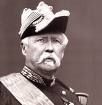












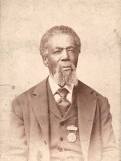




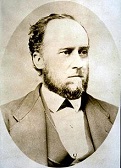












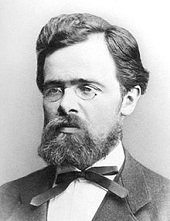
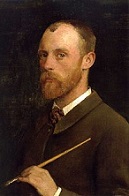


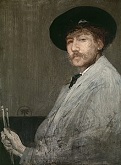









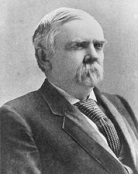


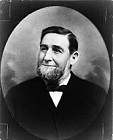



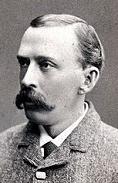










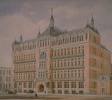






1870 Pop.: Germany: 41M; France: 36M; Japan: 33M; Italy: 26.8M; Britain: 26M; Ireland: 5.4M (2.6M less than in 1841). The Ninth (9th) U.S. Census (first with detailed info. on African-Ams.) reports the total pop. as 39,555,983 (86.2% white), a 22.62% increase (8.5M) since 1860, despite the war, although the increase is below 30% for the first time ever; pop. density is 13.4 per sq. mi.; New York City: 942K. Beginning this year large numbers of Hungarians begin immigrating to the U.S. German-immigrant-packed Chicago, Ill. has 17 candy manufacturers, growing to 65 in 1900, becoming the Candy Capital of the U.S. after candy consumption zooms from 2.2 lbs./person in 1880 to 5.6 lbs/person in 1914, and 13.1 lbs./person in 1919. All seceded U.S. states return to the Union by the end of this year. Sweden has the highest per-capita income growth in the world, which ends in 1970 after they go Socialist. In this decade the ratio of the incomes of the richest and poorest countries begins to massively diverge, increasing 6x in the 20th cent.; Americans of Irish descent send $10M back to relatives in Ireland in this decade, causing a nat. dependence on the "Letter from America", particularly in the W. In this decade the New Imperialism sees the Euro powers, U.S., and Japan begin pursuing overseas territorial acquisitions, using their advanced technology as a club; in 1914-17 WWI ends it in flames. On Jan. 10 10-y.-o. white boy Adolph Korn (b. 1859) is kidnapped by the Apaches, and traded to the Comanches, becoming one of their top warriors until he is forcibly returned to his parents in 1873, after which he never adjusts to white civilized life and spends his last years as a troglodyte. On Jan. 10 John Davison "J.D." Rockefeller (1839-1937) and grain merchant Henry Morrison Flagler (1830-1913) incorporate Standard Oil in Cleveland, Ohio to run an oil refinery, with Flager coming up with the killer idea of giving a 15 cent per barrel refund, ramping them up to 10K barrels a day by 1872; in 1874 oil refiner Charles Pratt (1830-91), known for Astral Oil ("The holy lamps of Tibet are primed with Astral Oil") merges with Standard Oil; in 1877 they move the HQ to New York City; in the 1880s Flager moves to Fla., going on to build up St. Augustine and West Palm Beach, becoming the father of Miami. On Jan. 15 the Dem. Party is represented as a donkey for the first time in a cartoon by Thomas Nast in Harper's Weekly; he originally intended it to stand for the Copperhead Press kicking at recently deceased Edwin M. Stanton; meanwhile the reaction against the incompetence and corruption in Pres. Grant's admin. incites mutiny within the Repub. ranks, causing a split into pro-Grant Stalwarts (Conklingites) who favor machine politics, incl. Chester A. Arthur and Thomas C. Platt, led by U.S. Sen. "Lord" Roscoe Conkling (1829-88), who controls patronage at the New York Customs House, and moderate anti-Grant Half-Breeds (incl. Rutherford B. Hayes and James A. Garfield), who support civil service reform. On Jan. 26 Ole Virginny (Virginia) rejoins the Union; on Oct. 12 their demigod Robert E. Lee (b. 1807) dies in Lexington, Va. - happy or sad? The last of three amendments to the formerly white-men-only U.S. Constitution is complete? On Feb. 3 after Repubs. vote 141-0 and Dems. vote 0-39-7 in Congress, the Fifteenth (15th) (XV) Amendment to the U.S. Constitution is ratified by the states, extending suffrage to male African-Ams. (blacks) (Negroes) (jungle bunnies, porch monkeys, Ubangi night-fighters?); the Am. Anti-Slavery Society is finally disbanded; #13=set them free, #14=guarantees due process to keep them from slavery disguised as law enforcement, #15=gives them the vote if they can dodge the ropes on the way to the voting station and can pass literacy tests, pay poll taxes, and pass the grandfather clause (prove that their fathers had the right to vote)? - amendment number what guarantees justice to somebody in court other than the police? On Feb. 9 the U.S. Weather Bureau is established, and on Nov. 1 it makes its first official meteorological observations; the first systematized synchronous meteorological report is taken in the U.S. and transmitted by telegraph. On Feb. 18 Somers, Conn.-born Yale U. grad William Strong (1808-95) becomes U.S. Supreme Court justice #40 (until Dec. 14, 1880) to replace Robert C. Grier (1846-70), and on Feb. 7 Pres. Grant nominates Berne, N.Y.-born Rutgers U. grad Joseph Philo Bradley (1813-92) for a new seat to become U.S. Supreme Court justice #41 (until Jan. 22, 1892), and he is confirmed by the Senate on Mar. 21 (until Jan. 22, 1892), giving the court nine members again. On Feb. 23 Repub. Hiram Rhodes Revels (1827-1901) of Miss. becomes the first black U.S. Sen., serving only one year (until Mar. 4, 1871) - after running out of bananas and chandeliers? In Feb. Egyptian troops led by British Gen. Sir Samuel White Baker (1821-93) fight their way from Khartoum up the White Nile, capturing Gondokoro (750 mi. S of Khartoum) by next June, establishing a few military posts along the way in country dominated by Arab warlords who have turned 90% of the black pop. from Darkest Africa into money-making slaves. On Mar. 1 Paraguayan pres. Francisco Solano Lopez (b. 1826) and a handful of survivors of his army are defeated at the Battle of Cerro Cora (Corá) on the Aquidaban River in N Paraguay E of the Paraguay River by two detachments of Brazilian troops, and Solano is killed, ending the War of the Triple Alliance (begun 1865); Paraguay becomes much pared-away after having lost much of its territory to Brazil, Uruguay, and Argentina; a Brazilian-backed constitutional convention meets, and on Dec. 10 provisional pres. (Solano opponent) Cirilo Antonio Rivarola Acosta (1836-79) becomes pres. of Paraguay (until Dec. 10, 1871); since only 13% of the remaining pop. are adult males, he takes measures to attract immigrants while forcing the rural pop. into labor on the large estates. On Mar. 13 the Treaty of London is a V for Russia, which gets the Euro powers to force the Ottomans to allow Russia to have a Black Sea fleet; on Oct. 31 Russia officially unilaterally repudiates the neutrality of the Black Sea established in the 1856 Treaty of Paris. On Mar. 14 William J. Canby, grandson of Betsy Ross reads a paper before the Historical Society of Penn. claiming that she made the first Stars and Stripes flag, becoming the first public claim. On Mar. 15 the Lotos Club for gentlemen is founded in New York City by a group of writers and critics, with members incl. Mark Twain, who calls it the "Ace of Clubs"; the name is taken from the poem "The Lotos-Eaters" by Alfred, Lord Tennyson, which supplies the motto: "In the afternoon they came unto a land/ in which it seemed always afternoon"; in 1893 it holds its first State Dinner, which goes on to honor Gilbert and Sullivan, George M. Cohan, Moss Hart, Rodgers and Hammerstein, Saul Bellow, Arthur Miller, and Terrence McNally; in ? it begins issuing the Lotos Club Medal of Merit; in 1977 it admits women. On Mar. 17 the Mass. legislature authorizes the incorporation of Wellesley Female Seminary (Wellesley College on Mar. 7, 1873), becoming a member of the Seven Sisters, going on to graduate Madeleine Albright and Hillary Clinton. On Mar. 24 Syracuse U. is founded in Syracuse, N.Y. is founded by the Methodist Episcopal Church after splitting off from Genesee Wesleyan Seminary. On Mar. 30 Texas is readmitted to the Union. On Mar. 31 Thomas Peterson Mundy (1824-1904) becomes the first black to vote in the U.S. following ratification of the 15th Amendment, casting a ballot in a municipal election in perky Perth Amboy, N.J. In Mar. after obeying Horace Greeley's 1865 exhortation to "Go West, young man" and arriving in Colo. in Oct. 1869, Ohio-born Nathanial "Nathan" Cook Meeker (1817-79) founds the utopian Union Colony, which on Apr. 6, 1886 becomes Greeley, Colo. (modern-day pop. 103K), known for its frequent stench from a slaughterhouse; each of 300 families pays $155 to be part of the initial "joint stock venture"; meanwhile on Dec. 1 after the Colo. Central Railroad lays tracks through it to link Golden, Colo. with Jersey Junction 5 mi. N of Denver, N.Y.-born On Apr. 13 the Metropolitan Museum of Art (MoMa) (eventually at 1000 Fifth Ave.) is founded in New York City by Hudson River School artist John Frederick Kensett (1816-72) and printing tycoon and rare book collector Robert Hoe III (1839-1909), and opens in 1871 with a collection of 174 European paintings temporarily hung on the walls of a dancing school. In Apr. Eustorgio Salgar (1831-85) becomes pres. of Colombia (until Apr. 1872). On May 12 to deal with the pesky Metis, the Manitoba Act creates the Canadian province of Manitoba; on July 15 the British territories of Rupert's Land and the North-Western Territory are absorbed into Canada; on Aug. 20 after a military expedition under Col. Garnet Wolseley arrives at the Red River, the Red River Rebellion of Metis in NW Canada led by Louis Riel (begun 1869) is crushed, resulting in Riel fleeing to St. Joseph's Mission in Dakota Territory, and Manitoba entering the Canadian Confederation as a province; Hudson's Bay Co. transfers the Northwest Territories into the Canadian Confederation. On June 9 Pres. Grant meets with Sioux chief Red Cloud in the White House in Washington, D.C. On June 21 the Tianjin Massacre sees 13 French and three Russians killed by an angry Chinese mob after the French consul shoots a Chinese; 16 Chinese are executed, reparations are paid, and next year a mission sails to France to apologize. On June 22 the U.S. Congress creates the U.S. Dept. of Justice. On June 26 after the first road is built from the mainland to Atlantic City, N.J., the first Boardwalk (12-ft.-wide and resting directly on the sand) opens after hotel owners complain about sand blowing into their lobbies; photos showing the hideously overdressed Victorian prudes strolling along carrying umbrellas to keep from getting suntans, or riding in covered 3-wheeled handcars (the very name Boardwalk makes one think of bathroom odors?); it is eventually extended 4.12 mi. long and 60 ft. wide, stretching from Ventnor and Margate into Longport, and reinforced with steel and concrete; with the Ventnor Boardwalk the combined length is 5.75 mi., the world's longest. In June the First Spanish Internat. Congress in Barcelona, attended by delegates from 150 workers' assocs. rejects the Spanish repub. govt. Frankly my dear, I don't give a damn? On July 11 Jaw-Jaw (Ga.) becomes the last Confederate state to be readmitted to the Union; on ? three white "scalawag" Repubs. are murdered by the KKK in Ga.; on ? an armed mob of KKK klansmen assault a Repub. political rally in Ala., killing four blacks and wounding 54. Tweedle-Dee, Tweedle-Dum, Get Ready, Cuz Here I Cum? On July 13 the Ems Telegram (Dispatch) is sent by Corsican-born French diplomat Vincent, Count Benedetti (1817-1900) to the king of Prussia at Ems, demanding him to order German prince Leopold of Hohenzollern to withdraw his candidacy for the Spanish throne and never renew it; seeing his chance, Prussian chancellor Otto Eduard Leopold von Bismarck (1815-98) leaks it (after modifying it to be more provocative), with the implication that the Frog has insulted the king, which is taken by the French as proof that the king has insulted their minister, causing diplomatic relations to become kaput; on July 19 (Tues.) after Bismarck dares them to make the first move, France declares war on Prussia, beginning the Franco-Prussian (Franco-German) War (ends May 10, 1871), the last 19th cent. war between the Euro powers, in which the Prussians followed by the French first use dynamite; the Germans issue the first Hundemarken (dogtags); Prussia then eagerly invades France, with regiments from Bavaria, Saxony, and Wurttemberg, the Prussian armies led by field marshal (chief of the German Gen. Staff in Jan. 18, 1871 - Aug. 10, 1888) Helmuth Karl Bernhard Graf von Moltke (1800-91); in Paris U.S. minister (1869-77) Elihu Benjamin Washburne (1816-87) protects the delegations of the German states with the U.S. flag; meanwhile on Aug. 4 the prancing Prussians defeat the French at the Battle of Weissenburg, the Battle of Spicheren Heights near Saarbrucken on Aug. 5-6, and the (Second) Battle of Worth (Wörth) on Aug. 6, separating the N and S flanks of the French army, after which the incompetence and defeatism of marshal (since 1864) Francois Achille Bazaine (1811-88) seals their fate starting on Aug. 14 with the Battle of Colombey-Nouilly, where the Prussians attack the French rearguard as they try to withdraw from Metz, followed on Aug. 16 by the Battle of Mars-La-Tour (Vionville) in NE France, the one chance the French had of gaining a V, when their entire 120K-man French army is stumbled upon by two lousy Prussian corps (66K men) and held for a whole day, allowing the rest of the Germans to close in and cut off their withdrawal route from Metz; on Aug. 18 the Battle of Gravelotte (Gravellot-St. Privat) in Lorraine 7 mi. W of Metz between Metz and the French-German frontier, the largest battle of the war sees 113K retreating French under Insane Bazaine cornered by 188K Germans under field marshal Helmuth von Moltke, then win a tactical V at the cost of 12K casualties (vs. 20K for the Germans), but instead of counterattacking and breaking out of the hole they're in after all that bloodshed, they turn tail and retreat back to Metz, where they give up after a 2-mo. siege, proving to be the strategic D and achilles heel of the whole francois bazaine war; on Aug. 30 the Battle of Beaumont sees a 120K-man French army under Napoleon III and his field marshal Marie Edme Patrice Maurice de MacMahon, 1st Duke of Magenta (1808-93) caught and defeated by 200K Germans while en route to relieve Metz, causing them to retreat to the once formidable Sedan Fortress, only to be encircled then defeated on Sept. 1-2 at the Battle of Sedan, surrendering 85K French troops and 39 gens. plus Napoleon III himself, who is deposed by the legislature at the urging of Jules Favre, with only Normandy remaining loyal; on Sept. 2 an armed force of rev. workers led by Louis Auguste Blanqui (1805-81) (who spent 1839-48, 1848-59, and 1861-5 in prison for rev. activities) topples the French Second Repub., and on Sept. 4 the French Third (3rd) Repub. (ends 1940) is proclaimed from the Hotel de Ville by Leon Gambetta (1838-82) who becomes pres. #1, with Jules Favre as vice-pres. and minister of foreign affairs, conducting peace negotiations with Germany; too bad, Bismarck refuses to recognize it, and the Huns, er, Prussians begin the Siege of Paris on Sept. 19 (ends Jan. 28, 1871), destroying the Tuilieries (royal palace) by cannon fire; in Sept. Gambetta escapes from Paris in a balloon built and piloted by Gaston Tissandier (1843-99), and establishes HQ in Tours, attempting to reorg. the French army and becoming dictator of France for 5 mo.; on Oct. 30 revolutionaries break into the Hotel de Ville (City Hall) in Paris and capture the govt. of national defense, making demands for a communard govt. until soldiers entering through a secret underground tunnel (built in 1807) rescue them; in early Nov. Verdun on the Meuse River, the strongest fortified town in E France falls after a 6-week siege; on Nov. 27 the Germans defeat the French at the Battle of Amiens, and the citadel surrenders on Nov. 30; Orleans is occupied by the Krauts, er, foreign invaders from Oct. 11-Nov. 9, then from Dec. 5 to the end of the war; Metz (sieged Aug. 19-Oct. 29) and Strasbourg (sieged Aug. 15-Sept. 28) surrender, and Gambetta calls marshal (since 1864) Francois Achille Bazaine a traitor for surrendering Metz, pissing him off enough to resign, and in 1873 he is convicted of capitulation and sentenced to death, commuted to 20 years in Ile St.-Marguerite, but he escapes to Genoa in 1873, then spends the rest of his wound-racked life in Madrid; during the siege of Paris the Pigeon Post of Paris gets mail into the city; U.S. Civil War nurse Clara Barton (1821-1912) works with the new Internat. Red Cross Society to help wounded soldiers; in Nov. aeronaut Wilfrid de Fonvielle (1824-1914) escapes Paris in a balloon and lands in London, giving a series of lectures on how great the Third Repub. is; French chef Alexandre Etienne Choron (1837-1924) of the Voisin Restaurant in Paris, inventor of Choron Sauce (Bernaise Sauce with tomato concentrate) satisfies his starving patrons by serving animals from the local zoo, incl. elephant, antelope, camel, kangaroo, bear, wolf, and donkey, finally stooping to horse and cat with rat, embellishing them with Mouton-Rothschild 1846, Romanee-Conti 1858, and Chateau Palmer 1864; on Dec. 25 and Dec. 31 he introduces trompe d'elephant in sauce chasseur and elephant bourguignon; scientist Louis Pasteur (b. 1822) tries to volunteer for military service but the authorities tell him he can best serve them in the lab? On Aug. 14 David Glasgow Farragut (b. 1801) dies, and his Civil War mortar flotilla cmdr. David Dixon Porter (1813-91) succeeds him as Adm. of the U.S. Navy. The original Everybody Hates Chris, the most important year in history to anti-Catholics? On Sept. 20 after France withdraws its troops from Rome to fight the Prussians, and Giuseppe Garibaldi (1807-82) ignores Italian public opinion in favor of the Prussians and joins the new Third Repub. of France to reuinite Italy, uttering the soundbyte: "Yesterday I said to you, war to the death to Bonaparte; today I say to you, rescue the French Republic by every means", the Bersaglieri Corps breaches the Aurelian Wall at Porta Pia and captures Rome sans Garibaldi's assistance, ending centuries of papal rule, and making it their capital city; Rome ceases to be governed by the popes, becoming the new capital of a united Italy, and the Papal States are kaput; Italia Irredenta (Unredeemed Italy), a few small districts on the other side of the Adriatic on the N (Trieste, Pola, Fiume, Gorz) remains outside the new kingdom of Italy; Fiume is detached from Croatia and given autonomy within the Hungarian kingdom; meanwhile Pope Pius IX has himself declared the beneficiary of official Papal Infallibility in matters of faith and morals in Vatican I (First Vatican Council) (Dec. 8, 1869-Oct. 20, 1870), and declares himself a prisoner of the new Italian govt.; when the govt. announces plans to make free mandatory public education available to all, the pope writes the king urging him to oppose it, describing it as a "plague" aimed at "totally destroying Catholic schools" - all they need is a few statues, crucifixes, and holy relics, and the pissed-off Church now tells its faithful to emigrate to the U.S. and take it over? On Sept. 23 the phrase "a man's best friend" in reference to a dog is coined by atty. George Graham Vest (1830-1904) in the case of Burden v. Hornsby in the Johnson County Courthouse in Warrensburg, Mo. after foxhound Old Drug is killed by sheep farmer Leonidas Hornsby on Oct. 18, 1869, and Vest gives a touching closing argument that gets the owner awarded the maximum amount of $50 damages. On Oct. 10 RWTH Aachen U. in Aachen, North Rhine-Westphalia, Germany opens for lectures with 32 teachers and 223 engineering students mainly training for the mining industry in the Ruhr Valley, going on to become the largest technical univ. in Germany. On Oct. 24 the Cremieux Decrees grant French citizenship to all Jews in Algeria. On Nov. 8 the city of Modesto, Calif. on the Tuolumne River 25 mi. SE of Stockton (modern-day pop. 201K/504K) is founded as a stop on the railroad between Los Angeles and Sacramento, allegedly named Modesto was too modest to let his name be used; it is incorporated on Aug. 6, 1884; too bad, Ralston commits suicide on Aug. 27, 1875 after his financial empire collapses. On Nov. 16 after the Spanish Cortes elects him, Amadeo of Savoy, 2nd son of Victor Emmanuel II of Italy is proclaimed king Amadeo (Amedeo) I (1845-90) of Spain (until Feb. 11, 1873); meanwhile pretender Don Carlos Maria de los Dolores, Duke of Madrid (1848-1909) asserts his claims as Don Carlos VII, while his Carlists wait in the wings. On Dec. 12 Joseph Hayne Rainey (1832-87) of S.C. becomes the first black lawmaker sworn into the U.S. House of Reps., and goes on to be reelected 4x, serving until 1879. On Dec. 14 after becoming the first woman in the U.S. to earn a degree (M.A.) in chemistry at Vassar College, Ellen Henrietta Swallow Richards (1842-1911) is admitted to MIT, becoming the first U.S. woman admitted to a U.S. school of science and technology, receiving a B.S. degree in 1873; after she is about to earn the first M.S. degree in MIT history, the board balks and doesn't grant one until 1886, to a man; she goes on to found the science of Home Economics and become a feminist. On Dec. 16 the Colored Methodist Episcopal Church is founded in Jackson, Tenn. On Dec. 31 Benjamin Franklin Goodrich (1841-88), who reached a licensing agreement with Charles Goodyear after the U.S. Civil War founds the B.F. Goodrich Co. (originally Goodrich, Tew & Co.) in Akron, Ohio; an advertising employee designs the first radial tire. The three U.S. Enforcement Acts are passed in 1870-1 in response to the Fourteenth Amendment, banning the use of terror, force, or bribery to prevent someone from voting because of their race, protecting the right of blacks to vote, hold office, sit on juries, and receive equal protection of laws, allowing the federal govt. to intervene when states fail to protect these rights. Baden joins the North German Confederation. The Indian independence movement gets off the ground. John Forrest leads an expedition which traces the W shore line of Australia from Perth to Adelaide, and Western Australia is granted representative govt. After returning to Africa and exploring the equatorial region, German explorer Georg August Schweinfurth discovers the Uele River, a tributary of the Ubangi River, along with the Akka Pygmies (dwarfs), making him a big man in Europe with this confirmation of white is right and size mattters? The Ottoman Civil Code (Mejelle) of 1,815 articles, written under the dir. of vizier Ahmed Cevdet Pasha (Pasa) (1822-95) is promulgated (1870-6), sticking to Islamic law and disappointing secular reformers. The British First Irish Land Act guarantees the principle of secure tenure in Ireland. Wichita, Kan. on the Chisholm Trail on the Arkansas River is founded, becoming the largest city in Kan. After acquiring the Pribilof Islands in the Bering Sea from Russia in 1867, the U.S. limits the number of fur seals that can be killed annually, leasing sealing rights to only one co.; too bad, the 3-mi. limit allows other countries to take female seals anyway, causing the U.S. to claim authority over the entire Bering Sea; when Britain protests, an internat. tribunal rules in 1891 that the U.S. cannot control these waters, but placing limitations on sealing; is founded the U.S., Russia, Britain, and Japan sign an agreement to protect the fur seals, but Japan pulls out in 1941; in 1957 another agreement is signed by the U.S., Soviet Union, Japan, and Canada, which expires in 1984 - seals don't like Canadian Club? Philly-born Richard Theodore Greener (1844-1922) becomes the first African-Am. to graduate from Harvard U.; he goes on to become dean of Howard U. Law School in 1878-80. Jewish reform movement leader Abraham Geiger (1810-74) is called from Frankfurt-am-Main to become chief rabbi in Berlin. Victor Marie Hugo returns to France after the collapse of the Second Empire and is elected to the nat. assembly, becoming one of France's great men. Wellfleet, Mass.-born ship capt. Lorenzo Dow Baker (1840-1908) sails from Orinoco to Jamaica, purchases 160 bunches of bananas, then returns to Philly and and sells them in Jersey City, N.J. 11 days later (even though they're spoiled?), returning next year with green bananas that sell like you know what, with the first commercial banana farm established near Silver Lake, Fla. in 1876, going on to launch the modern U.S. banana importing industry with the Boston Fruit Co. in 1885, which in 1899 becomes the United Fruit Co., which in 1984 becomes Chiquita Brands Internat.; Hawaii becomes the largest banana producer in the U.S., followed by Fla.; meanwhile the business success causes Wellfleet to become a summer resort. In this decade the U.S. Repub. Party becomes known as the Grand Old Party (GOP). In this decade the legendary Age of the Frontier Gambler in the Am. West begins (ends 1890). In this decade lawns begin to catch on for the privileged. Farmers in the U.S. become a minority for the first time (47.4%). In this decade Scottish immigrant Andrew Carnegie (1835-1919) founds Carnegie Steel Co., which grows into the biggest and most profitable co. in the world by the 1890s. In this decade U.S. industrial logging moves W from Maine to Mich., Wisc., and Minn., helped by the invention of the band saw this year; by 1890 Minn. has 2.2K mills cutting 4.2M board-ft. a year. In this decade the Neoclassical Economics Rev. (term coined in 1900 by Thorstein Veblen) begins, led by Carl Menger, founder of the Austrian School of Economics, Leon Walras and Vilfredo Pareto, founders of the Lausanne School of Economics, and William Stanley Jevons and John Bates Clark, founders of the Cambridge School of Economics, emphasizing individual decisions based on full relevant info. and rational preferences to maximize utility, with firms attempting to maximize profits, which dominates microeconomic thought, causing a reaction with disparate groups lumped together as Heterodox Economics, incl. Georgism, Technocracy, Institutional Economics, Evolutionary Economics, and Social Economics. Baron Nils Adolf Eric Nordenskjold (Nordenskiöld) (1832-1901) of Sweden explores the interior of not-really-green Greenland; in 1878-80 he leads the Vega Expedition, becoming the first Arctic expedition to navigate through the Northeast Passage, and first to circumnavigate Eurasia. Russian explorer Nikolai Mikhaylovich Przhevalski (1839-88) becomes the first to cross from Khakhta across the Gobi Desert to the Upper Yangtze River, then over the Humboldt Mts. into Tibet, becoming the first to describe the wild Przewalski's horse; in 1879-80 he crosses the Tian Shan into Tibet, he but never reaches his goal of Lhasa, begin stopped 160 mi. away by Tibetan officials; in 1883-5 he makes his last trip to the E Tian Shan Mts., turning back at the Yangtze River. The black pop. of French-held Reunion Island is granted full French citizenship. In this decade regular visits to the hairdresser become the fashion in Paris. U. of Basel philology prof. Friedrich Wilhelm Nietzsche (1844-1900), meets German composer Richard Wagner (1813-83) at his villa on Lake Lucerne, and becomes a big fan; too bad, in 1874 they violently quarrel and become enemies, after which Nietzsche claims to believe that his music is effete and decadent - he wouldn't let me suck his what? The Swiss Socialist Party is founded in Zurich after the Second Internat. collapses, with a platform of govt. centralization and a progressive income tax. Reach out and touch faith? Beginning about this time the far Christian right fears that America is beginning to "abandon God" in favor of Socialism and unlimited government thanks to the theories of evolution and hedonistic utilitarianism - and they're right on? In this decade a fungus kills the coffee trees in Sri Lanka, causing them to be replaced with tea bushes (Camellia japonicus). The Church of the Transfiguration at 1 E. 29th St. in New York City (built in 1849) becomes famous as "the Little Church Around the Corner" when the minister of another church refuses to conduct funeral services for an actor, suggesting it by that expression; it eventually installs stained glass windows dedicated to New York actors. Following Horace Greeley's advice, Ohio-born agricultural expert Matthias D. Day founds Daytona Beach, Fla. for up-and-coming northerners on the Atlantic at the mouth of the Halifax River; in 1874 he builds Palmetto House, which ends up as a house for the homeless in modern times. Former Ind. gov. (1861-7) and U.S. Sen. (1867-77) Oliver Hazard Perry Morton, a co-founder of the Repub. Party in 1856 declines Pres. Grant's invitation to become U.S. minister to Britain. After settlers buy 1-acre plots from the State of Calif. for $1, and the 105-ton steamer The Vaquero captained by Samuel S. Dunnells ignores posted warnings and safely steers through Lower Newport Bay and Upper Newport Bay, the city of Newport Beach, Calif. is named by County Down, Ireland-born James Irvine (1827-86) of San Francisco; in 1905 the Pacific Electric Railway connects it with downtown Los Angeles; on Sept. 1, 1906 the 206 citizens incorporate it as a city, going on to become a favorite beach resort and home of wealthy celebs incl. John Wayne, Humphrey Bogart and Lauren Bacall, George Burns, Buddy Ebsen, Shirley Temple, Mamie Van Doren, Dean Koontz, Kelly McGillis, Chuck Norris, and Nicolas Cage, hosting the annual Christmas Boat Parade starting in 1908; in 1878 James Irvine acquires the 110K-acre Irvine Ranch stretching from the Pacific Ocean to the Santa Ana River, becoming home to the Marine Corps Air Station El Toro in 1942-99, and the Irving campus of the U. of Calif. in 1959, and incorporating as the city of Irvine, Calif. (modern-day pop. 266K) on Dec. 28, 1971; in 2003 Irvine annexes the closed 7.3 sq. mi. El Toro Marine Corps Air Station. La. issues Baby Bonds (featuring a picture of a cute baby in a bonnet) to get around the federal tax on private currency? The Quirinal Palace on the highest of the Seven Hills of Rome becomes the Italian royal residence (later the pres. residence) (until 1946); a statue of two groups of horse tamers stands in front. The Portuguese build a barrier gate at the border of China and Macau. The city of San Antonio, Tex. is now 50% German - the men all look like Hoss Cartwright or professional wrestler JBL? Foot and mouth disease is first reported in the U.S. - by foot or by mouth? Indian line steamship City of Boston leaves New York Harbor with 117 passengers, and is never heard from again. The Salt Lake Tribune (originally the Mormon Tribune until 1871) is founded in Salt Lake City, Utah by ex-LDS Church members William Godbe, Elias L.T. Harrison, and Edward W. Tullidge; in 1873 Kan. businessmen Frederic Lockley, George F. Prescott, and A.M. Hamilton acquire it and turn it into an anti-Mormon newspaper backing the local Liberal Party and regularly dissing Brigham Young as "illiterate and he has made frequent boast that he never saw the inside of a school house". In this decade Australians spread tall tales about Crooked Mick, a super sheep-shearer on the super-big Speewah sheep station in the wild outback beyond the Black Stump between Gunbar and Crow's Nest Tank in New South Wales. Traveller's Insurance begins using the umbrella logo. Loyola U. (originally St. Ignatuius College until 1909) is founded on June 30 in Chicago, Ill. (pop. 300K) by Jesuits Father Arnold Damen; in 1912 it moves to Lake Shore. Classical Greek scholar Benjamin Jowett (1817-93), known for his heretical views on religion becomes master of Balliol College at Oxford U., where he schools a bunch of future prominent English statesmen incl. Robert Lowe, 1st viscount Sherbrooke, becoming known as "the Great Tutor". French choreographer Marius Petipa (1818-1910) (who moved to Russia in 1847) becomes ballet master for the Russian Imperial Ballet of St. Petersburg (ends 1903), turning the city into the world center of ballet by the end of the cent., producing dancers Vaslav Nijinsky, Anna Pavlova et al. The U.S. Congress votes ex-First Lady Mary Todd Lincoln a pension of $3K/year. Mark Twain marries New York City-born Olivia Langdon (1845-1904), with the soundbyte "She said she never would or could love me, but she set herself the task of making a Christian of me"; they go on to have daughters Olivia Susan "Suzy" Clemens (1872-96), Clara Langhorne Clements (1874-1962), and Jane Lampton "Jean" Clemens (1880-1909), only of one of which survives them; after moving to Buffalo, N.Y., where Twain is ed. and part owner of the newspaper, he sees the house across the street on fire, and crosses the street, uttering the soundbyte: "We ought to have called on you before, and I beg your pardon for intruding now in this informal way, but your house is on fire"; next year they move into the 19-room Victorian Mark Twain House in Hartford, Conn. (until 1891), where he writes Tom Sawyer, Huckleberry Finn et al., and later comments: "To us, our house... had a heart, and a soul, and eyes to see us with." Paul Cezanne skips out on the Franco-Prussian War by moving to L'Estaque 18 mi. from Aix-en-Provence with his mistress. Ada Harriet Miser Kepley (1847-1925) of the U.S. becomes the first female law school graduate at Union College of Law in Chicago, Ill., going on to become a leader in the temperance and women's suffrage movements. The last Photo of Gen. George Armstrong Custer (1839-76) is taken this year? Burgholzli Asylum in Austria is rebuilt, becoming famous for diffusing Sigmund Freud's psychoanalysis in 1904-13. About this year the Golden Retriever dog breed is developed at his Guisachan estate in Glen Affric, Scotland by Dudley Coutts Marjoribanks, 1st Baron Tweedmouth (1820-94) from the Russian tracker sheepdog (shepherd dog) and the water spaniel to have a soft mouth grip for retrieving fowl. In this decade British painters incl. George Clausen (1852-1944), William Quiller Orchardson (1832-1910), James (Jacques Joseph) Tissot (1836-1902), and James Abbott McNeill Whistler (1834-1903) begin adopting French approaches to the human figure and gay modern city life. The Societe Nationale de Musique in France is founded by Romain Bussine and Camille Saint-Saens to fight the tendency to favor focal and operatic music over orchestral music, and to promote French over German music; they hold their first concert on Nov. 17, 1871; too bad, a war starts over the issue of promoting foreign music, with the conservative side led by Saint-Saens. Keble College at Oxford U. is founded. In this decade Harvard Law School in Mass. pioneers the case method of teaching law. Hennessey X.O. Cognac begins to be produced for the lucky rich. The shipping firm Mitsubishi Co. (Jap. "mitsu" + "hishi" = three + water chestnut or caltrop = rhombus) in Tokyo, Japan is founded by Iwasaki Yataro (1835-85), going on to expand into shipbuilding, coal mining, banking, insurance, aircraft and automobile manfacturing et al. Continental Brewing Co. (Joseph Smyth Brewery until 1874, then J. Gardiner & Co. Brewery until 1883) is founded in Philly, reaching 80K barrels/year until Prohibition shuts it down permanently. Sports: The first Rugby Internat. is played between Scotland and England. W.G. Grace and his brothers found the Gloucester Cricket Club. In this decade the British begin building lavish cricket-playing schools in Pakistan, incl. Rajkumar College in Rajkot (1870), Mayo College in Ajmer (1875), Aitchison College in Lahore (1886), and Daly College in Indore (1882), helping to make good Brits out of Pakistanis, who are known for marrying their first and second cousins. Monmouth Park Racetrack in Long Branch, N.J. is opened for Thoroughbred horseracing; too bad, it is sold for back taxes in 1894, but is reopened on June 19, 1946 in Oceanport, hosting the first 1-1/8 mi. Haskell Invitational Handicap in 1968 for 3-y.-o. horses, becoming a major race between the U.S. Triple Crown and the Breeders' Cup, with a $1M purse. Pimlico Race Course (AKA Old Hilltop) in Baltimore, Md. opens in the fall, with the colt Preakness winning the first Dinner Party (Dixie) Stakes, causing the Preakness Stakes to be named in his honor in 1873; the course is named after 1660s Olde Ben Pimlico's Tavern in London. Architecture: The Vanemuine Theater is built in Tartu, Estonia, becoming its first nat. theater. The 7-story 142-ft. (40m) Equitable Life Assurance Society Bldg. (begun 1868) in New York City, designed by George Browne Post (1837-1913) is built, becoming the first office bldg. designed to use steam-powered passenger elevators (two of them), made by Vt.-born Elisha Graves Otis (1811-61); it burns down in 1912. Richard Morris Hunt designs the Lenox Library (1870-7) in New York City, bequeathed by James Lenox (1800-80). From Boston Massacre to Boston Museum in one century? The Museum of Fine Arts (MFA) in Boston, Mass. is founded, becoming the 2nd largest art museum in the U.S. after the Metropolitan in New York City. Queen Victoria's Sandringham House in Norfolk, England (begun 1861) is finished. The first bridge over the Brazos River is built near Waco, Tex. After the transcontinental railroad bypasses Denver, Colo. for Cheyenne, Wyo., a bond issue is passed to bring a 106-mi. (171km) rail spur from Cheyenne, which terminates in the Central Platte Valley adjacent to LoDo (Lower Downtown) in Denver, making it the first part of the city travelers see; in the 1870s it becomes Denver's Chinatown (Hop Alley) until race riots demolish it in 1880; by the 1950s it becomes Denver's Skid Row until the city demolishes many of the eyesore bldgs. in the 1960s-1970s then enacts a zoning ordinance on Mar. 1988 naming it the Lower Downtown Historic District, encouraging historic preservation of 127 structures; meanwhile the Denver & Rio Grande Western Railroad is founded by U.S. Civil War Union Gen. William Jackson Palmer (1836-1909), pioneering narrow gauge tracks and coal-burning engines (based on his earlier trip to Britain), with the mottos "Through the Rockies, not around them" and "Main line through the Rockies", connecting Denver with Salt Lake City, Utah, becoming the highest mainline railway in the U.S. at 10,240-ft. Tennessee Pass in Colo., the mountain portion of the route known for breathtaking scenery, later going through the Moffatt Tunnel and the Royal Gorge; it goes on to operate the Rio Grande Zephyr in 1970-83 (last privately operated intercity passenger train in the U.S.); in 1988 it merges with the Southern Pacific. Inventions: In this decade the 4-string Ukulele (Hawaiian "jumping flea", "the gift that came here") plucked lute, invented by Manuel Nunez of Portugal is introduced to the Hawaiian Islands, catching on with fat easy-going poi-eating Hawaiians. In this decade the Wyandotte chicken breed, named after the Wyandot Indians is developed in the U.S., becoming known for its brown eggs and yellow-skinned meat. German engineer Carl Paul Gottfried von Linde (1842-1934) invents the first commercially viable refrigeration equipment, completing the first working model of an ammonia cold machine in 1873 before founding a co. in 1878, patenting it on June 1, 1880, and selling 747 machines by 1890, helping the growth of the beermaking, meatpacking and other industries, shifting drinking patterns away from whiskey and filling cities with saloons, pissing-off temperance activists; the first Linde ice machine is installed in 1875 in the Spaten Brewery in Munich, Germany; the first Linde ice machine imported to the U.S. is purchased in Switzerland in 1885 by Schlitz Brewing Co. William Lyman of West Meriden, Conn. patents the first safe can opener - thank you for nothing says how many thousand severed fingers? English engineer Patrick Stirling (1820-95) designs the Stirling Single steam locomotive, with 8-ft. driving wheels; 53 are produced by 1895. Am. architect William Robert Ware (1832-1915) invents the Instant-Running Voting System, which is adopted in several English-speaking countries. The Middling Purifier, with a roller processor to separate bran from flour is invented in Minneapolis, Minn., producing superior flour. The Navel Orange is developed in Riverside, Calif. from a pair of Brazilian saplings. In this decade steel blades are developed for windmills in the U.S., increasing their efficiency; between 1850 and 1970 over 6M windmill machines are installed in the U.S. Baked porcelain inlays come into use for filling large cavities. Science: On Feb. 2 the Cardiff Giant, discovered in Cardiff, N.Y. on Oct. 16, 1869 and believed by experts to be a petrified human is revealed to a carved gypsum hoaxy hoax ha ha ha hoax, carved in 1868 from gypsum beds in Ft. Dodge, Iowa on the Des Moines River by tobacconist George Hull, an atheist who got into an argument with a Bible-thumper over Gen. 6:4 ("There were giants in the Earth in those days"); he invests $2.6K to make it and gets $37.5K from Syracuse businessmen to exhibit it. French surgeon Alphonse Francois Marie Guerin (Guérin) (1816-95) introduces the practice of using cotton-wool (cotton wadding) bandages for the prevention of wound infections. The teachings of Sir Joseph Lister begin ending outbreaks of septicemia (puerperal fever) in hospitals. Nonfiction: Edwin Abbott (1838-1926), Shakespearian Grammar. Thomas Archer, The Terrible Sights of London. Roberto Ardigo (1828-1920), Psychology as a Positive Science; considers thought more important than matter, dominating in every action and the result of every action until a state of gen. corruption. Alfred Austin (1835-1913), The Poetry of the Period; satirizes Tennyson, Browning, Matthew Arnold (1822-88), and Algernon Charles Swinburne. Louis Blanc (1811-82), History of the Revolution of 1848 (2 vols.) (1870-80). Georg Morris Brandes (1842-1927), Criticisms and Portraits. Robert Williams Buchanan (1841-1901), The Book of Orm: A Prelude to the Epic; study in mysticism. Moncure D. Conway (1832-1907), The Earthward Pilgrimage. Andrew Jackson Davis (1826-1910), The Fountain with Jets of New Meanings. Millicent Fawcett (1847-1929), Political Economy for Beginners; big hit. Frank Fossett, Colorado: A Historical, Descriptive and Statistical Work on the Rocky Mountain Gold and Silver Mining Region (Denver). Nathaniel Hawthorne (1804-64), English Notebooks (2 vols.) (posth.); ed. by Sophia Hawthorne. Thomas Wentworth Higginson (1823-1911), Army Life in a Black Regiment. Thomas Henry Huxley (1825-95), Biogenesis and Abiogenesis; Lay Sermons, Addresses and Reviews. Camille Jordan (1838-1922), Traité des substitutions et des équations algébriques. John William Kaye (1814-76), Essays of an Optimist. George Kennan (1845-1924), Tent Life in Siberia: Adventures Among the Koraks and Other Tribes in Kamtchatka and Northern Asia. Sir John Lubbock, Baron Avebury (1834-1913), The Origin of Civilization and the Primitive Condition of Man. William Morris (1834-96) (tr.), The Volsung Saga (English tr.). Louis Pasteur (1822-95), Etudes sur la Maladie des Vers a Soie. Francesco de Sanctis (1817-83), Storia della Letteratura Italiana (History of Italian Lit.). Philip Stanhope, 5th earl Stanhope (1805-75), The Reign of Queen Anne until the Peace of Utrecht, 1701-1713 (2 vols.). David Friedrich Strauss (1808-71), Lectures on Voltaire. Abbe Henri Torne-Chavigny (1826-80), Lettres du Grand Prophete; interpretations of Nostradamus' quatrains predicting the restoration of the Bourbon line to the French throne, and claiming that in the next big war France will be invaded via Switzerland (based on Quatrain 80 in Century IV); French war minister Andre Maginot later believes him and orders the building of the Maginot Line?; followed by Nouvelles Lettres du Grande Prophete (1874). Music: Leo Delibes (1836-91), Coppelia (ballet). Peter Tchaikovsky (1840-93), Romeo and Juliet: Overture-Fantasy (overture) (Mar. 16) (Moscow); the debut is disrupted by a demonstration caused by a sensational court case involving conductor Nikolai Rubinstein and a female student, causing Tchaikovsky to rewrite the ending in 1880. Richard Wagner (1813-83), Die Walkure (The Valkyries) (opera) (Munich); incl. Ride of the Valyries. Charles Dudley Warner (1829-1900), My Summer in a Garden; classic of Am. garden writing. Samuel Wilberforce (1805-73), Heroes of Hebrew History. Art: Albert Bierstadt (1830-1902), The Emerald Pool. Jean-Baptiste-Camille Corot (1796-1875), La Femme a La Perle (The Woman with Pearls); who says he only paints landscapes? George Inness (1825-94), The Catskill Mountains. Ignace Fantine-Latour (1836-1904), Un Atelier a Batignolles. Illman Brothers, George Washington at the Battle of Trenton. Jules Joseph Lefebre (1836-1911), La Verite; Girl with a Mandolin; Portrait du Prince Imperial (1856-79). Dadabhai Naoroji (1825-1917), The Wants and Means of India. William Page (1811-85), Head of Jesus Christ; controversial. Camille Pissarro (1830-1903), The Stage Coach at Louveciennes. James Fuller Queen, Washington as Master Mason. Vinnie Ream (1848-), Statue of Abraham Lincoln (Madison, Wisc. state capitol); first woman commissioned by Congress to create a work of sculpture. Marie Spartali Stillman (1844-1927), La Pensierosa. James Joseph Sylvester (1814-97), The Laws of Verse. Plays: Karl Anzengruber, Der Pfarrer von Kirchfeld. Hehry Becque (1837-99), Michel Pauper. Sir William Schwenck Gilbert (1836-1911), The Palace of Truth (comedy). Robert Hamerling (1830-89), Danton und Robespierre. Bronson Crocker Howard (1842-1908), Saratoga (New York, Fifth Ave. Theater); produced by John Augustin Daly (1838-99); first native U.S. drama to achieve serious recognition from theatrical producers in England; a big hit, but conservative Howard stays with newspaper work. Lydia Koidula's Saaremaa Cousin debuts, becoming the first original Estonian comedy. Thomas William Robertson (1829-71), M.P. George Sand (1804-76) and Sarah Bernhardt (1844-1923), L'Autre. Poetry: Adam Lindsay Gordon (1833-70), Bush Ballads and Galloping Rhymes (June 23); poems about how cool the sporting life is; when it flops, and he goes bankrupt shoots himself, and it later becomes a big Australian hit; incl. How We Beat the Favourite; "But none can outlast her, and few travel faster,/ She strides in her work clean away from The Drag;/ You hold her and sit her, she couldn't be fitter,/ Whenever you hit her she'll spring like a stag"; "'Keep back in the yellow! Come up on Othello!/ Hold hard on the chestnut! Turn round on The Drag!/ Keep back there on Spartan! Back you, sir in tartan!/ So, steady there, easy!' and down went the flag"; "She passed like an arrow Kildare and Cock Sparrow,/ And Mantrap and Mermaid refused the stone wall;/ And Giles on The Greyling came down at the paling,/ And I was left sailing in front of them all." George Heath (1844-69), Poems. Helen Hunt Jackson (1830-85), Verses. Comte de Lautreamont (1846-70), Poesies (Poésies); announces "I will leave no memoirs", engaging in plagiarism of the works of famous authors incl. Blaise Pascal, Dante, Kant, La Fontaine, and La Rochefoucauld, inverting and correcting as he thinks fit. Bayard Taylor (1825-70), Goethe's Faust (2 vols.) (1870-1) (Boston). Novels: Louisa May Alcott (1832-88), An Old-Fashioned Girl. Thomas Bailey Aldrich (1836-1907), Story of a Bad Boy; his boyhood experiences in Portsmouth, N.H. Edward Bulwer-Lytton (1803-73), Vril: The Power of the Coming Race; a subterranean humanoid race get mental powers from the Vril energy fluid; inspires science fiction and Nazi mysticism?; later used in the name of the beef extract Bovril. Wilkie Collins (1824-89), Man and Wife. Benjamin Disraeli (1804-81), Lothair. Fyodor Dostoyevsky (1821-81), The Eternal Husband. Edward Everett Hale (1822-1909), Ten Times One is Ten; Harry Wadsworth; "Look up and not down, look forward and not back, look out and not in, and lend a hand". Bret Harte (1836-1902), The Luck of Roaring Camp and Other Sketches (short stories); "There was commotion in Roaring Camp. It could not have been a fight, for in 1850 that was not novel enough to have called together the entire settlement." Nikolai Leskov (1831-95), At Daggers Drawn. Laurence Oliphant (1829-88), Piccadilly; big hit. Jose Maria Eca de Queiroz (1845-1900) and Ramalho Ortigao, The Mystery of the Cintra Road. Charles Reade (1814-84), Put Yourself in his Place; the terrorism of trade unions. Leopold von Sacher-Masoch (1836-95), The Divorced Woman; Venus in Furs (vol. 1 of "Legacy of Cain"); his love for and/or need for dominating women dressed in you know what; the first masochistic novel? Jules Sandeau (1811-83), La Roche aux Mouettes. Bayard Taylor (1825-78), Joseph and His Friend: A Story of Pennsylvania; first gay novel in the U.S.? Jules Verne (1828-1905), 20,000 Leagues Under the Sea: An Underwater Tour of the World; the linear distance traveled is 69,060 mi.; narrated by Prof. Pierre Aronnax; Capt. Nemo (Lat. "No One") and the Nautilus battle a giant squid; followed by "The Mysterious Island" (1874). Births: German Expressionist sculptor-poet Ernst Barlach (d. 1938) on Jan. 2 in Wedel, Holstein. Australian "The Fortunes of Richard Mahony" novelist Henry Handel Richardson (Ethel Florence Lindesay Richardson Robertson) (d. 1946) on Jan. 3 in East Melbourne, Victoria. Am. baseball shortstop (Chicago Colts) (New York Giants) William Frederick "Bad Bill" Dahlen (d. 1950) on Jan. 5 in Nelliston, N.Y. German Social Dem. chancellor (1919-20) Gustav Adolf Bauer (d. 1944) on Jan. 6 in Darkehmen (near Konigsberg), East Prussia. Spanish dictator (1923-30) gen. Don Miguel Primo de Rivera y Orbaneja, 2nd Marquis of Estella, 22nd Count of Sobremonte, Knight of Calatrava (d. 1930) on Jan. 8 in Jerez de la Frontera; father of Jose Antonio Primo de Rivera (1903-36). Canadian celeb Marie Evelyn Byng (nee Moreton), Viscountess Byng of Vimy (d. 1949) on Jan. 11 in London, England; wife (1902-) of Lord Julian Byng (1862-1935). Am. "Mrs. Wiggs of the Cabbage Patch" novelist Alice Caldwell Hegan Rice (d. 1942) on Jan. 11 in Shelbyville, Ky.; niece of Frances Little (1863-1941); wife of Cale Young Rice (1872-1943). Austrian social philosopher (Jewish) (Marxist) Max Adler (d. 1937) on Jan. 15 in Vienna; brother of Oskar Adler (1875-1955); educated at the U. of Vienna; founder of Austromarxism, predecessor of Eurocommunism. Am. volleyball inventor William George Morgan (d. 1942) on Jan. 23 in Lockport, N.Y. Russian Marxist-turned-anti-Communist political economist-philosopher Peter (Pyotr) Berngardovich Struve (d. 1944) on Jan. 26 in Perm. Austrian "inferiority complex" psychoanalyst (Jewish) Alfred Adler (d. 1937) on Feb. 7 in Vienna; Hungarian Jewish parents; educated at the U. of Vienna. English "Oh! Mr. Porter", "I Sits Among the Cabbages and Pees" music hall star Marie Lloyd (Matilda Alice Victoria Wood) (d. 1922) on Feb. 12 in Hoxton, London; known for singing songs with double-entendre. Polish-Am. pianist-composer (Jewish) Leopold Godowsky (Godowski) (d. 1938) on Feb. 13 in Zosle (near Wilno), Lithuania; father of Dagmar Godowsky (1897-1975) and Leopold Godowsky Jr. (1900-83); friend of Albert Einstein. English philosopher-historian Edwyn Robert Bevan (d. 1943) on Feb. 15 in London. English Roman Catholic priest Thomas Roussel Davids Byles (d. 1912) on Feb. 26 in Leeds, Yorkshire; educated at Balliol College, Oxford U. Am. "McTeague", "The Octopus" novelist-journalist Benjamin Franklin "Frank" Norris Jr. (d. 1902) on Mar. 5 in Chicago, Ill; brother of Charles Gilman Norris (1881-1945); educated at the U. of Calif., and Harvard U. Austrian "The Chocolate Soldier", "A Waltz Dream" operetta composer Oscar (Oskar) Nathan Straus (Strauss) (d. 1954) on Mar. 6 in Vienna; son of Johann Strauss (1825-99) not, although he follows his advice to forget waltzes in favor of theater; pupil of Max Bruch. Am. entertainment entrepreneur and U.S. Rep. (D-N.Y.) (1921-49) (Jewish) (Zionist) ("the Music Man") Solomon "Sol" Bloom (d. 1949) on Mar. 9 in Pekin, Ill.; Polish Jewish immigrant parents; coiner of the term "belly dancing". Am. art benefactor Archer Milton Huntington (d. 1955) on Mar. 10; son of Arabella Huntington (1850-1924); husband (1904-) of Anna Hyatt Huntington (1876-1973). French Browning Motion mathematician Louis Jean-Baptiste Alphonse Bachelier (d. 1946) on Mar. 11 in Le Havre. Am. realist artist (co-founder of the Ashcan School) William James Glackens (d. 1938) on Mar. 13 in Philadelphia, Penn.; brother of Louis Glackens (1866-1933); member of The Eight. Swiss TB physician Arnold C. Klebs (d. 1943) on Mar. 17 in Berne; son of Edwin Klebs (1834-1913); educated at the U. of Basel. German Gen. ("the Lion of Africa") Paul Emil von Lettow-Vorbeck (d. 1964) on Mar. 20 in Saarlouis. Am. newspaper pub. and Dem. gov. #46 and #48 of Ohio (1913-15, 1917-21) James Middleton Cox (d. 1957) on Mar. 31 in Jacksonburg, Ohio. Am. Hollywood pioneer film dir. Francis Winter Boggs (d. 1911) in Mar. in Santa Rosa, Calif. Am. Mormon pres. #8 (1945-51) George Albert Smith (d. 1951) on Apr. 4 in Salt Lake City, Utah. English automobile-aircraft engine manufacturer Montague Stanley Napier (d. 1931) on Apr. 14; grandson of David Napier (1785-1873). Am. atty. and art patron John Quinn (d. 1924) on Apr. 14 in Tiffin, Ohio; educated at the U. of Mich., Georgetown U., and Harvard U. Am. "Woodrow Wilson", "Adventures in Contentment" journalist-historian-writer Ray Stannard Baker (d. 1946) (AKA David Grayson) Apr. 17 in Lansing, Mich.; educated at Mich. State U., and U. of Mich. Am. "The Great Train Robbery" dir. (film pioneer) Edwin Stanton (Stratton?) Porter (d. 1941) on Apr. 21 in Connellsville, Penn. Am. naturalist ("Father of Rocky Mountain Nat. Park") Enos Abijah Mills (d. 1922) on Apr. 22 in Pleasanton, Kan.; grows up in Colo. German Gen. Friedrich Freiherr Kress von Kressenstein (d. 1948) on Apr. 24 in Nuremberg; son of Georg Kress von Kressenstein (1840-1911). Austrian "The Merry Widow" operetta composer Franz Lehar (Lehár Ferenc) (d. 1948) on Apr. 30 in Komarom (Komárom); of Hungarian descent. Am. film producer (Jewish) Lewis J. Selznick (Zeleznik) (d. 1933) on May 2 in Kiev, Ukraine; emigrates to the U.S. in ?; father of David O. Selznick (1902-65). Am. Pentecostal evangelist (black) William Joseph Seymour (d. 1922) on May 2 in Centerville, La.; son of ex-slaves. Russian pop star, saint, and political leader (founder of the Russian Communist Party) Vladimir (Nikolai) Ilyich Ulyanov Lenin (d. 1924) on May 4 (Apr. 22 Old Style) in Simbirsk (Ulyanovsk) on the Volga River 555 mi. ESE of Moscow and 100 mi. NW of Kuibyshev; his birthday makes May Day a 4-day weekend? Am. San Francisco banking king (Bank of America founder) Amadeo Peter (Pietro) Giannini (d. 1949) on May 6 in San Jose, Calif.; son of Italian (Sardinian) immigrant fruit-veggie dealers. Am. movie theater mogul (Jewish) Marcus Loew (d. 1927) on May 7 in New York City; Austrian father, German mother. British "Vardon Grip" golfer Harry Vardon (d. 1937) on May 9 in Grouville, Jersey, Channel Islands. Am. typographer and book designer Albert Bruce Rogers (d. 1957) on May 14 in Lindwood, Ind.; educated at Purdue U. Am. Washington D.C. atty. John Spalding Flannery (d. 1954) on May 16. Am. serial killer, child molester, and cannibal ("Gray Man") ("Werewolf of Wysteria") ("Brooklyn Vampire") Albert Hamilton Fish (d. 1936) on May 19 in Washington, D.C. German physicist (Jewish) Arthur Korn (d. 1945) on May 20 in Breslau; inventor of the fax machine. Am. "Maj. Amberson in The Manificent Ambersons" actor Richard Bennett (d. 1944) on May 21 in Deacon's Mills, Ind.; husband (1903-25) of Adrienne Morrison (1883-1940); father of Constance Bennett (1904-65), Barbara Bennett (1906-58), and Joan Bennett (1910-90); grandfather of Morton Downey Jr. (1932-2001). Irish suffragist poet-dramatist Eva Selina Laura Gore-Booth (d. 1926) on May 22 in Lissadell House, County Sligo; sister of Constance Markiewiecz (1868-1927); born wealthhy but decides to help the poor. U.S. liberal New Deal Supreme Court justice #76 (1932-8) (Jewish) Benjamin Nathan Cardozo (d. 1938) on May 24 in New York City; educated at Columbia U.; parents are descended from 1740s-50s Portuguese Jewish immigrants. South African PM (1919-24, 1939-48) field marshal Jan Christiaan Smuts (d. 1950) on May 24 in Bovenplaats (near Malmesbury); highly religious upbringing; educated at Christ's College, Cambridge U., where he writes a book on Walt Whitman (1819-92), and is called their most outstanding student since John Milton and Charles Darwin - gives apartheid a smutty but religious and learned name? Belgian pathologist-bacteriologist Jules Jean Baptiste Vincent Bordet (d. 1961) on June 13 in Soignies; educated at the U. of Brussels. German chemist Clara Immerwahr (d. 1915) on June 21; wife (1901-) of Fritz Haber (1868-1934). British writer and Irish nationalist (Protestant) Robert Erskine Childers (d. 1922) on June 25 in London; son of Robert Caesar Childers (1838-76) (English) and an Irish mother; cousin of Hugh Childers (1827-96) and Robert Childers Barton (1881-1975); father of Erskine Hamilton Childers (1905-74); orphaned then raised by an uncle in County Wicklow; educated at Trinity College, Cambridge U. Canadian Conservative PM (1930-5) Richard Bedford Bennett, 1st Viscount Bennett (d. 1947) on July 3 in Hopewell, N.B.; educated at Dalhousie U.; created viscount in 1941. French gen. Francois Leon Prosper Jouinot-Gambetta (d. 1923) on July 6 in Paris; nephew of Leon Gambetta (1838-82). Irish Biblical archeologist Robert Alexander Stewart Macalister (d. 1950) on July 8 in Dublin; educasted at Cambridge U. Am. historian (of Spanish-Am.) Herbert Eugene Bolton (d. 1953) on July 20 in Wilton, Wisc.; educated at the U. of Penn. British diplomat Sir Ronald William Graham (d. 1949) on July 24 in London; educated at Eton College. Am. "The Dinky Bird" illustrator Maxfield Parrish (d. 1966) on July 25 in Philadelphia, Penn.; cousin of John Haven Emerson (1906-97); known for androgynous figures. Spanish Basque painter Ignacio Zuloaga y Zabaleta (d. 1945) on July 26 in Eibar. Anglo-French "Bad Child's Book of Beasts" novelist-poet-writer and MP (1906-10) (Roman Catholic) Joseph Hilaire Pierre Rene Belloc (d. 1953) on July 27 in La Celle, Saint-Cloud (near Paris); of French and English parentage; Cardinal Henry Edward manning converted his mother to Roman Catholicism; educated at Balliol College, Oxford U.; serves in the French army, then becomes a naturalized British subject in 1902. Am. radiochemist Bertram Borden Boltwood (d. 1927) on July 27 in Amherst, Mass.; educated at Yale U. Russian archbishop martyr Andronik (Andronic) (Vladimir Alexandrovich Nikolsky) (d. 1918) on Aug. 1 in Povodnevo, Yaroslavl; feast day: July 7. Scottish comic singer-songwriter (music hall star) Sir Henry McLennan "Harry" Lauder (d. 1950) on Aug. 4 in Portobello (near Edinburgh); knighted in 1919; known for his twisted walking sticks. German corrupt Krupp head Gustav von Bohlen und Halbach (d. 1950) on Aug. 7 in The Hague; marries heiress Bertha Krupp (1886-), takes over the Krupp munitions firm in Essen, and changes his name to Krupp von Bohlen und Halbach; father of Alfred Krupp (1907-67). British ambassador (Finland, 1919-20) Richard Maximilian Lyon-Dalberg-Acton, 2nd Baron Acton (d. 1924) on Aug. 7 in Bavaria; son of John Dalberg-Action, 1st baron Acton (1835-1902); father of John Lyon-Dalberg-Acton, 3rd baron Acton (1907-89). educated at Magdalen College, Oxford U. Am. well-kissed naval officer, Spanish-Am. War hero, U.S. Rep. (D-Ala.) (1907-15) and Prohibitionist Richmond Pearson Hobson (d. 1937) on Aug. 17 in Greensboro, Ala. Russian Maj. Gen. Lavr Georgiyevich Kornilov (d. 1918) on Aug. 18 in Ust-Kamenogorsk. Am. financier and pres. "Brain Trust" adviser (Jewish) Bernard Mannes Baruch (d. 1965) on Aug. 19 in Camden, S.C.; German Jewish immigrant father, Sephardic Jewish mother; educated at CCNY; coins the term "Cold War" (1947). Mexican Modernismo poet Amado Nervo (Juan Crisostomo Ruiz de Nervo) (d. 1919) on Aug. 27 in Tepic, Nayarit. Italian educator-physician (Roman Catholic) Maria Montessori (d. 1952) on Aug. 31 in Chiaravalle, Ancona; first woman to graduate from U. of Rome La Sapienza Medical School; inventor of the Montessori "spontaneous self-development" Method for teaching small children. French historian (Protestant) Elie Halevy (Élie Halévy) (d. 1937) on Sept. 6 in Etretat, Seine-Maritime, Normandy; son of Ludovic Halevy (1834-1908); brother of Daniel Halevy (1872-1962); assimilated Jewish parents; mother fled to Normandy as the Germany army marched on Paris in 1870. Russian "Moloch" short story writer (alcoholic) ("The Russian Kipling" - Vladimir Nabokov) Alexander Ivanovich Kuprin (d. 1938) on Sept. 7 (Aug. 26 Old Style) in Narovchat, Penza Oblast; son of a bankrupt Tartar princess; lives in Paris in 1919-37. Am. Ralston-Purina Co. founder William J. Danforth (d. 1955) on Sept. 10 in Mississippi County, Mo.; grandfather of John Danforth (1936-); educated at Berea College. Am. anthropologist (expert on Am. Indians) Clark Wissler (d. 1947) on Sept. 18 near Hagerstown, Ind.; educated at Columbia U. English tennis player Charlotte Reinagle Cooper (d. 1966) on Sept. 22 in Ealing, Middlesex. French chemist-physicist-engineer (neon light inventor) Georges Claude (d. 1960) on Sept. 24 in Paris. Danish 6'6" king (1912-47) Christian X (d. 1947) on Sept. 26 in Charlottenlund Palace near Copenhagen; eldest son of Frederik VIII (1843-1912) and Louise of Hesse (1817-98); brother of Haakon VII (1872-1957). French "La Tragedie de Salome" composer Florent Schmitt (d. 1958) on Sept. 28 in Blamont, Meurthe et Moselle. French physicist Jean Baptiste Perrin (d. 1942) on Sept. 30 in Lille; father of Francis Perrin (1901-92). Russian "Light Breathing", "Dark Avenues" novelist-poet Ivan Alekseyevich Bunin (d. 1953) on Oct. 22 (Oct. 10 Old Style) in Voronezh; moves to France in 1920; first Russian to win the Nobel Lit. Prize. Am. "Memoirs of a Superfluous Man" libertarian anti-New Deal writer Albert Jay Nock (d. 1945) on Oct. 13 in Scranton, Penn.; educated at Bard College. Japanese Zen Buddhist writer Daisetz Teitaro Suzuki (d. 1966) on Oct. 18 in Honda-Machi, Kanazawa, Ishikawa Prefecture. Am. "sociological jurisprudence" educator and legal scholar Roscoe Pound (d. 1964) on Oct. 27 in Lincoln, Neb.; brother of poet Ezra Pound (1885-1972); educated at Harvard U. Am. electrical engineer Robert Bowie "Bobby" Owens (d. 1940) on Oct. 29.; educated at John Hopkins U., and Columbia U.; discoverer of alpha rays. British Liberal politician-diplomat (secular Jewish) Herbert Louis Samuel, 1st Viscount Samuel (d. 1963) on Nov. 6 in Liverpool; educated at Balliol College, Oxford U. Am. historian Mikhail (Michael) Ivanovich Rostovtzev (Rostovtseff) (d. 1952) on Nov. 10 (Oct. 29 Old Style) in Zhitomir, Ukraine; emigrates to the U.S. in 1918. Spanish last king of Naples Don Carlos Maria Francesco d'Assisi Pasquale de Borbon (Borbón), Infante de Espana (España) (d. 1949) on Nov. 10 in Gries (near Borzen); grandson of Francis II; marries the sister of Alfonso XIII of Spain in 1901; the last Don Carlos, who never becomes a pretender to the Spanish throne, being happy with a position as inspector gen. of the Spanish army (1930-1). British Liberal politician Walter Runciman, 1st Viscount Runciman of Doxford (d. 1949) on Nov. 19; son of Walter Runciman, 1st baron Runciman (1847-1937); educated at Trinity College, Cambridge U.; created viscount in 1937. Am. "To Have and To Hold" women's rights novelist Mary Johnston (d. 1936) on Nov. 21 in Buchanan, Va. French Les Nabis Symbolist painter-writer Maurice Denis (d. 1943) on Nov. 25 in Granville, Normandy. U.S. rep. (R-N.Y.) (1915-39) Bertrand Hollis Snell (d. 1958) on Dec. 9 in Colton, N.Y.; educated at Amherst College. Czech "Ornament and Crime" architect Adolf Loos (d. 1933) on Dec. 10 in Brno, Moravia; becomes sterile from syphilis by age 21. French "Songs of Bilitis" poet-novelist Pierre Louys (Pierre Félix Louis) (d. 1925) on Dec. 10 in Ghent, Belgium; friend of Andre Gide and Oscar Wilde; changes his name in the 1890s to Louys, with the final s pronounced, and y known as the Greek i, expressing his love of Greek culture; likes to write erotic lit. about lesbians. Austrian pres. #4 (1945-50) and chancellor (1918-20) Karl Renner (d. 1950) on Dec. 14 in Untertannowitz, Moravia. Austrian Vienna Secession architect Josef Hoffmann (d. 1956) on Dec. 15 in Pirnitz, Moravia (Bretnice, Czech Repub.). Ashanti king (1888-1931) (black) Prempeh I (d. 1931) on Dec. 18 in Kumasi. Scottish "Reginald", "Chronicles of Clovis" writer Saki (Hector Hugh Munro) (d. 1916) on Dec. 18 in Burma. British businessman and Conservative MP (1924-45) Sir John Cecil Power, 1st Baronet (d. 1950) on Dec. 21 in Eldon, County Down, Ireland; moves to London at age 10; father of Ivan McLannahan Cecil Power; created baronet in 1924. Am. modernist painter John Marin (d. 1953) on Dec. 23 in Rutherford, N.J. Polish-Am. 4'10" cosmetics queen (Jewish) Madame Helena (Chaja) Rubenstein (d. 1965) on Dec. 25 in Crakow; cousin of Martin Buber (1878-1965); emigrates to Australia in 1902, London in 1908, and New York City in 1915. Indonesian world's oldest human of all time Mbath Gotho on Dec. 31 in Sragen, Java. Am. "Keep the Home-Fires Burning" lyricist Lena Gilbert Brown Ford (d. ?) in Venango County, Penn.; educated at Elmira College. Am. "Babes in Toyland" lyricist Glen MacDonough (d. 1924) in Brooklyn, N.Y. Russian Soviet politician Leonid Borisovich Krasin (Krassin) (d. 1926). Am. historian Allen Johnson (d. 1931) in Lowell, Mass. Dutch poet Pieter Cornelis Boutens (d. 1943). Am. alleged hamburger inventor Charles "Hamburger Charlie" Nagreen (d. 1951) in Hortonville, Wisc. Am. historian Evarts Boutell Greene (d. 1947) in Kobe, Japan; missionary parents; educated at Harvard U., and U. of Ill.; teacher of Allan Nevins (1890-1971). Am. writer-biographer Burton Jesse Hendrick (d. 1949) in New Haven, Conn.; educated at Yale U. Deaths: Am. educator Emma Hart Willard (b. 1787) on Apr. 15 in Troy, N.Y. Am. inventor Seth Boyden (b. 1788) on Mar. 31 in Hilton (Maplewood), N.J. Scottish theologian Thomas Erskine (b. 1788) on Mar. 20 in Linlathen; last words: "Lord Jesus". U.S. Gen. James Wolfe Ripley (b. 1794) on Mar. 16 in Hartford, Conn. Am. novelist John P. Kennedy (b. 1795). French mathematician Gabriel Lame (b. 1795) on May 1. Am. writer-politician John Pendleton Kennedy (b. 1795) on Aug. 18 in Newport, R.I. Am. philanthropist Sophia Smith (b. 1796) on June 2 in Mass. Russian explorer Baron F. von Wrangell (b. 1796). Italian Tuscan grand duke (last) (1824-59) Leopold II (b. 1797) on Jan. 29 in Rome. Am. theologian Albert Barnes (b. 1798) on Dec. 24 in Philadelphia, Penn.: "There is no power out of the church that could sustain slavery an hour, if it were not sustained in it." German engineer Adolf Brix (b. 1798) on Feb. 14 in Charlottenburg. German statesman Hermann von Beckerath (b. 1801) on May 12 in Krefeld. Am. Union Civil War Adm. David Glasgow Farragut (b. 1801) on Aug. 14 in Portsmouth, N.H. German physicist-astronomer Carl August von Steinheil (b. 1801) on Sept. 14 in Munich. Argentine gen.-politician Justo Jose Urquiza (b. 1801) on Apr. 11 in San Jose (near Concepcion); assassinated on his estate by political enemies. Belgian violinist Charles Auguste de Beriot (b. 1802) on Apr. 8 in Leuven. French archeologist Paul Emile Botta (b. 1802) on Mar. 29 in Acheres. French "The Three Musketeers" novelist Alexandre Dumas pere (b. 1802) on Dec. 5 in Puys (near Dieppe); dies soon after having a scandalous affair with an Am. circus girl; pub. 1.2K vols. under his name using a fiction factory with hired writers which he supervised to create his plot lines and incidents, although he writes the final mss.; dies in poverty despite a large income because of his extravagant lifestyle at his Monte-Cristo estate, money-losing theater, and horde of parasites incl. 40 mistresses; in 1995 his lost novel The Last Cavalier, about Count Hector de Sainte-Hermine and how he shot British Adm. Horatio Nelson at Trafalgar is found in the archives of the Nat. Library in Paris: "My father was a mulatto, my grandfather was a Negro, and my great-grandfather a monkey. You see, Sir, my family starts where yours ends." - the original French Mike Tyson? Am. fur trader Certain St. Brain (b. 1802) on Oct. 28 in Mora, N.M. Am. Tex. rancher Samuel Maverick (b. 1803) on Sept. 2 in San Antonio, Tex.; known for leaving his "maverick" cattle unbranded. French "Carmen" writer Prosper Merimee (b. 1803) on Sept. 23 in Cannes. Dutch-Belgian painter Petrus van Schendel (b. 1806) on Dec. 28 in Brussels, Belgium. German rev. leader Gustav Struve (b. 1805) on Aug. 21 in Vienna. Am. Southern poet William Gilmore Simms (b. 1806). Am. Confederate Gen. Robert E. Lee (b. 1807) on Oct. 12 in Lexington, Va. Irish operatic composer-singer Michael William Balfe (b. 1808) on Oct. 20 in Hertfordshire, England. Am. naval ordnance designer John Adolphus Bernard Dahlgren (b. 1809) on July 12. French liberal Catholic writer Charles de Montalembert (b. 1810) on Mar. 13 in Paris. Czech poet-historian Karel Jaromir Erben (b. 1811) on Nov. 21 in Prague (TB). Scottish chloroform physician Sir James Young Simpson (b. 1811) on May 6 in Edinburgh; his coat of arms reads "Victo Dolore" (pain conquered). English "Great Expectations" novelist Charles Dickens (b. 1812) on June 9 in Gad's Place Hill, Higham, Kent; last words: "Upon the ground"; leaves 38 major works and 10K pub. letters, along with the unfinished novel The Mystery of Edwin Drood, stopping in the middle of Ch. 23 "The Dawn Again" (Ch. 1 is "The Dawn"), about Edwin Drood, whose opium-addicted choirmaster uncle John Jasper is in love with his pupil Rosa Bud, Drood's fiance, after which Drood is found missing, and mutual admirer Neville Landless (who arrived from Ceylon with his twin sister Helena) is suspected, although Jasper really did it?; on June 14 he is buried in Poet's Corner in Westminster Abbey; last Dec. his 30-lb. turkey scheduled for Xmas dinner was burned in a railroad fire. Russian writer Alexander Herzen (b. 1812) on Jan. 21 in Paris. German socialist labor leader Karl Schapper (b. 1812) on Apr. 28 in London. Spanish PM #38 (1869-70) Gen. Juan Prim (b. 1814) on Dec. 30 in Madrid: "Looking for a democratic monarch in Europe is like trying to find an atheist in heaven." Am. Civil War Union Gen. George Henry Thomas (b. 1816) on Mar. 28 in San Francisco, Calif. Norwegian writer Aasmund Olafsson Vinje (b. 1818). Am. diplomat Anson Burlingame (b. 1820) on Feb. 23 in St. Petersburg, Russia. Argentine painter Prilidiano Pueryrredon (b. 1823) on Nov. 3 in San Isidro, Buenos Aires. Spanish painter Eugenio Lucas y Padilla (b. 1824) in Madrid. Paraguayan pres. (1862-70) Francisco Solano Lopez (b. 1826) on Mar. 1 on the Aquidaban River (KIA). Turkish journalist-reformer Ibrahim Shinasi (b. 1826) on Sept. 13. Austrian composer Josef Strauss (b. 1827) on July 22 in Vienna. Welsh poet Glasynys (b. 1828). French literary brother Jules de Goncourt (b. 1830); leaves his big brother Edmond (1822-96). Australian poet-politician-jockey Adam Lindsay Gordon (b. 1833) on June 24 in Melbourne (suicide): "Kindness in another's trouble, courage in one's own." Spanish poet Gustavo Adolfo Becquer (b. 1836) on Dec. 22 in Madrid. Am. "The Hasheesh Eater" journalist Fitz Hugh Ludlow (b. 1836) on Sept. 12 in Geneva, Switzerland (TB): "Over the opium-eater’s coffin at least, thank God! a wife and a sister can stop weeping and say, 'He's free.'" French poet Comte de Lautreamont (b. 1846) on Nov. 24 in Paris; dies at 8:00 a.m. in his hotel.
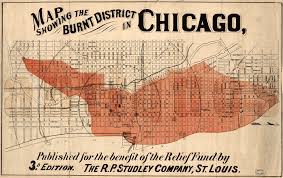
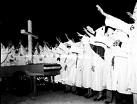


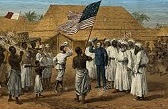



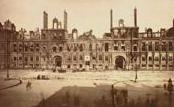






















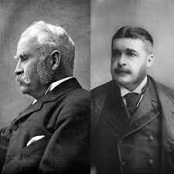
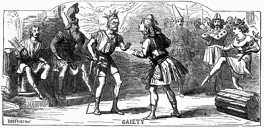









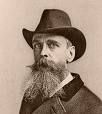
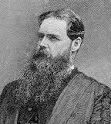













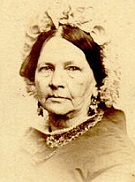



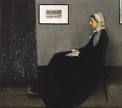
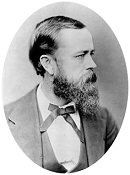
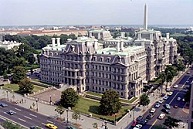

1871 On Jan. 15 Gen. Manuel Mariano Melgarejo Valencia (b. 1818) is overthrown, ending the Sexenio (6-year ordeal) (begun 1864), and Gen. Augustin Morales Hernandez (1808-72) becomes pres. of Bolivia (until Nov. 27, 1872), setting out to become a dictator until one of his letters is pub. in a newspaper, exposing him as virtually illiterate, causing him to mellow and call congress, asking them to decide if he should be replaced; too bad, his violent temper soon gets him killed by his own people. Nobody remembers you when you're strange? The Might Makes Right Non-Democratic German Empire puts its restless leg syndrome to rest? On Jan. 18 (Wed.) (Kaiser Day?) after the S German states (incl. Strassburg or Strasbourg) consent to join the German Confederation, the German Empire AKA the German Second Reich (First Reich in 800-1806) of 25 German states (incl. the grand duchy of Hesse-Darmstadt) is founded (ends Nov. 9, 1918), becoming the most powerful nation in Europe; Prussian king Wilhelm (William) I (1797-1888) is proclaimed German Kaiser (caesar, tsar, emperor) (not "emperor of the Germans", because that would have been a claim to Austria, Switzerland, and Luxembourg also) in Versailles, France; the Hohenzollern family, which has ruled Brandenburg since 1415 and Prussia since 1701 now rules Germany too (until 1918); the black-red-gold flag is replaced with a black-white-red flag (until 1919), with black-white representing dominant Prussia, and red the other German states; Wroclaw, Poland becomes Breslau, Germany (until 1945); British PM Benjamin Disraeli gives a speech in the House of Commons, with the soundbyte: "The balance of power has been completely destroyed, and the country which suffers the most from this and feels the effect of this change most strongly, is England"; deputy PM Robert Peel utters the soundbyte that Germany has been united under a "despotism". On Jan. 18 crowds gather outside the Hotel de Ville in Paris, HQ of the Paris Commune to protest rumors of a French surrender to the kraut-eating sausage-stuffing Prussians, and after soldiers shoot into the crowd, Commune extremists set fire to the building, destroying it and destroying virtually all public records from the French Rev. period; the building is later rebuilt with the same exterior but all-new improved interior. In Jan. Paris surrenders, and France signs an armistice, agreeing to a new election to please Bismarck; the French Nat. Assembly, consisting of 200 repubs. and 400 royalists meets in Bordeaux, and the Paris rev. repubs. refuse to recognize it; German calary Lt. (later gen.) Friedrich von Bernhardi (1849-1930) gets to be the first German to ride through the Arc de Triomphe as the Germans enter Paris, becoming a celeb; a preliminary peace is followed on May 10 by the Treaty (Peace) of Frankfurt, signed by Otto von Bismarck at the Swan Hotel in Frankfurt-am-Main (to which guns are fired in celebration in German-occupied Metz), by which France cedes Alsace-Lorraine (between the Metz and Vosges Rivers) (German Lorraine) (which Germany controls until 1919, and again in 1940-4), and pays an indemnity of 5B francs, which becomes the basis of an imperial military reserve fund of $30M in gold stored in the citadel Spandau Prison 9 mi. WNW of Berlin (built in 1876); the kingdom of Saxony is absorbed into the new German Empire; grumbling over the loss of Alsace-Lorraine, Leon Gambetta utters the soundbyte "Think of it always, speak of it never"; the statue of Strasbourg in the Place de la Concorde is draped in crape and mourning garlands; the Franco-Prussian War (begun 1870) ends with 299K dead and wounded; Jules Favre is criticized for yielding too much territory, and resigns as foreign minister, but stays in the chamber of deputies until being elected to the senate in 1876-80; Berlin (founded in the 13th cent.) (modern pop. 3.5M) becomes the capital of Germany (until 1945, and again in 1990), and the German Empire is now the most powerful state in jackboot Europe; the war results in masses of opium and morphine addicts; the glory of the Bonaparte family is almost kaput; Johannes Brahms composes Triumphlied (Song of Triumph), Op. 55 to celebrate the German V. In Jan. diamond seekers swarm the farm of South African farmer Adrian van Wyk in Griqualand West between the Orange and Vaal Rivers, and he ends up selling it for £2K; nearby another farm owned by the two De Beer brothers becomes the basis of De Beers Consolidated Mines, founding the city of Kimberley near the Big Hole (Kimberley Mine) (Groot Gat), the biggest hole ever dug with human hands, removing 25M tons of soil and extracting three tons of diamonds worth £47M by the time it closes in 1914; on Sept. 2, 1882 Kimberley becomes the 2nd city after Philly to install electric street lights; in Apr. Britain annexes the diamond region of Griqualand West, incl. Kimberley, and Cecil Rhodes moves there from Natal; in 1884 Basutoland (S and E of the Orange River) becomes part of Cape Colony; the white pop. of South Africa swells from 225K in 1870 to 1M in 1904. On Feb. 17 historian Louis Adolphe Thiers (1797-1877), who had in his youth been a radical, but turned into a conservative anti-clerical bourgeois old fart, and who had been against the war with Prussia, was accused of lack of patriotism, then vindicated when France lost, becomes head of the provisional govt. of France, then convinces the chamber of deputies to vote for peace on Mar. 1 by a 5-1 margin. In Feb. Socialist leader Louis Blanc returns to France from exile and is elected a member of the nat. assembly, pushing state Socialism while opposing the more extreme measures of the Paris Commune, pissing them off; Leon Gambetta is elected deputy by 9 depts., founding the influential newspaper La Republique Francaise; the exiled Legitimist pretender (1844-83) and "Miracle Child of 1820" Henri Charles Ferdinand Marie Dieudonne d'Artois, Count of Chambord, Duke of Bourdeaux (1820-83) and his rival for the throne, the Comte de Paris (Duke of Orleans) are finally reconciled when the latter is also exiled from France by the new repub. In Feb. 500 masked KKK klansmen assault the Union County Jail in S.C., take out 10 black militiamen accused of the murder of white wagoner George Muttison Stevens last Dec. 31 over some whiskey, then lynch six, shoot two, and "lose" the rest; on Apr. 28 Henry Cannon and Taylor Palmer are executed for it. Don't don't don't you forget about me? On Mar. 18 after French pres. Louis Adolphe Thiers orders the confiscation of several hundred cannon from the nat. guard a revolt begins, causing Thiers to evacuate his govt. from Paris to Versailles, after which on Mar. 26 the Paris Commune is formed by working class Communard radicals; on May 21 after 2 mo. of fighting the govt. breaks through the defenses, beginning the Bloody Week, with fighting more savage than in the French Rev. (not equalled till the 1917 Russian Rev.), killing or executing 20K and arresting 38K before recapturing Paris on May 28, then putting 12K through special courts martial, resulting in 23 executions and 4K transported to NewCaledonia, some till 1890; 3-time loser Louis Auguste Blanqui receives another life sentence (released in 1879); on Aug. 30 Thiers becomes provisional pres. of a new unnamed temporary repub. until a king can be chosen. On Mar. 29 John Maynard Woodworth (1837-79), Gen. William Tecumseh Sherman's surgeon in his March to the Sea is appointed as the first supervising surgeon of the U.S. Marine Hospital Service (founded 1798) (the first U.S. surgeon gen.) (until Mar. 14, 1979), designing its seal, consisting of a fouled anchor and Mercury's caduceus. On Apr. 20 the U.S. Second Enforcement (Civil Rights) (Ku Klux Klan) Act of 1871 is passed, outlawing many activities of the KKK, incl. the wearing of disguises; in Oct. Pres. Grant suspends habeus corpus in nine counties in upcountry S.C., and pursues mass prosecutions, bringing a halt to KKK actions; Section 1983 permits citizens to sue public officials for violating their rights, which the courts proceed to gut in favor of absolute prosecutorial immunity; a Congressional committee gathers 12 vols. of testimony on KKK activity; the new U.S. Justice Dept. carries out further prosecution, substantially reducing Klan activity; too bad, it doesn't stop state officials until the Feb. 20, 1961 U.S. Supreme Court case Monroe v. Pape. On Apr. 30 the Camp Grant Massacre in Ariz. Territory sees a group of whites and Mexican Ams. plus some Tohono O'odham Indians sneak into a planned Apache Rez in Aravaipa Canyon in Ariz. (60 mi. NE of Tucson) and massacre 150 Apaches, mostly women and children. In the spring undefeated Comanche chief Quanah Parker (1845-1911) (whose mother was a part-white woman) raids Texas, drawing allied Indian bands along, causing the U.S. 41st Black Infantry to go after them, only to see the Kiowa almost capture Gen. Tecumseh Sherman then disappear into the Llano Estacado (Staked Plain) or into Indian Territory, knowing that U.S. policy prohibits the U.S. military from entering without permission of the Indian Agent; the soldiers finally capture Kiowa chiefs Satank (Satanta) (Set-tainte) (1810-79) (an old guy) and his cousin Big Tree (1847-1929) after they brazenly come to Ft. Sill and brag to Gen. William T. Sherman that they had attacked a wagon train on May 18 and scalped seven freighters; after Satank attempts an escape and is killed, the rest are turned over to Texas authorities at Ft. Richardson, convicted of murder on July 5-6, and sentenced to hang, but on Aug. 2 Tex. Gov. Edmund J. Davis commutes their sentences to life imprisonment at the Texas State Prison at Huntsville, and after they grow ill Set-tainte and Big Tree are paroled on Aug. 19, 1873, after which Big Tree becomes a Baptist deacon, while Set-tainte lies low until the 1874 Red River War. On May 13 the Italian Law of Guarantees abrogates the temporal power of the pope, and confines the territory of the papacy to the Vatican and Lateran Palaces and villa of Castel Gandolfo; Pope Pius IX refuses to recognize this arrangement - oh for the hilarious days of my Holy Roman Empire, let's do it again? On May 16 the Yankee Disturbance of 1871 sees U.S. Marines under Capt. Robert Wilson Shufeldt (1822-95), backed by U.S. minister to Peking (former Calif. gov. #9 in 1863-7) Frederick Ferdinand Low (1828-94) attempt to pull a Commodore Perry on Korea, landing on Kanghwa Island at the mouth of the Han River; too bad, after getting their white butts kicked by the Taewon-gun, they are forced to withdraw. On May 24 French Roman Catholic archbishop of Paris Georges Darboy (b. 1813) is executed by the Paris Commune as it is about to be overthrown. On June 1 the city of Birmingham, Ala. (modern-day pop. 217K/1.1M) is founded at the planned crossing of the Alabama & Chattanooga and South & North Alabama Railroads from three farm towns by the Elyton Land Co., named after Birmingham, England to emphasize its industrial goals; in the early 1900s it becomes known as "the Magic City" and "the Pittsburgh of the South" for its rapid growth, mainly Irish and Italian non-union laborers along with African-Ams. from rural Ala., rivaling Atlanta, Ga. as a Deep South railroading hub and banking center; in 1902-12 four skyscrapers are built in downtown, becoming known as "the Heaviest Corner on Earth". On June 29 the British North Am. Act permits Canada to establish provinces; on July 20 British Columbia becomes a Canadian province; next year Frederick Hamilton-Temple-Blackwood, 1st Marquess of Dufferin and Ava (1826-1902) becomes gov.-gen. of Canada (until 1878), going on to convince British Columbia not to withdraw from Canada over a delay in establishing railroad service, and convincing Prince Edward Island to become part of Canada; future Liberal Party leader (1880-7) Edward Blake (1833-1912) becomes PM of Ontario (until 1872). On July 27 the German Brewers' Union is founded in Dresden, Germany, moving its HQ to Frankfurt am Main and growing to 636 members. On July 30 (1:30 p.m.) Staten Island ferry steamer Westfield suffers a boiler explosion while sitting at South Ferry, killing 85+ and injuring hundreds, causing owner Jacob Vanderbilt to be tried and acquitted of murder. In July in Bismarck begins his 14-year Kulturkampf (Ger. "struggle for civilization") with the Roman Catholic Church in Prussia (ends 1887), a war of state control over education, civil marriage, church appointments, etc., resulting in mass Catholic emigration. In Aug. the 41st Black Infantry campaigns against Southern Cheyenne Dog Soldiers. On Sept. 18 Federico Errazuriz Zanartu (Errázuriz Zañartu) (1825-77) becomes pres. of Chile (until Sept. 18, 1976), going on to consolidate liberal influence. On Sept. 22-24 the first Congress of Old Catholics meets in Munich to combat the dogma of papal infallibility. On Oct. 8 (night) the Peshtigo Fire N of Green Bay in NE Wisc. and Minn. begins, becoming the worst natural disaster in the U.S. (until ?), killing 1,152 and burning 2B trees. On Oct. 8-10 (Sun.-Tue.) the Great Chicago Fire of 1871 burns 17,450 bldgs., kills 250-300, destroys 3.3 sq. mi. of city territory, and leaves 100K+ homeless; the Chicago Daily Journal (founded 1844) starts the rumor about it being started by Mrs. O'Leary's cow, owned by Catherine "Cate" O'Leary (1827-95), whose barn at 137 DeKoven St. burns down; several breweries burn down, incl. Doyle & Co., Huck, Jerusalem, Lull & Diversey, Metz, Mueller, Sands, and K.G. Schmidt; Schlitz Beer Co. (founded 1849) makes Milwaukee famous when it ships them several kegs of brewsky; U.S. Fire Prevention Week is later set as the week that incl. Oct. 9; the Great Chicago Fire destroys the church bldg. owned by Northfield, Mass.-born fundamentalist Christian evangelist Dwight Lyman Moody (1837-99), after which wealthy John V. Farwell finances a bigger better church there, going on to go on a tour of the U.K. in spring 1872, preaching to audiences of 2K-30K along with hymnodist ("the Sweet Singer of Methodism") Ira David Sankey (1840-1908), causing him to make fans of U.S. pres. Grant, who attends his meeting on Jan. 19, 1876 after he returns to the U.S. and goes on tour, preaching hyis last sermon on Nov. 16, 1899 in Kansas City, Mo. after founding the Chicago (Moody) Bible Inst. in Chicago, Ill. for training missionaries for foreign lands, funded by John Wanamaker et al.; it goes on to offer a Bachelor of er, Science degree in Biblical Studies. Livingstone, I presume? Stanley, I presume? On Nov. 10 Welsh-born U.S. journalist Sir Henry Morton Stanley (John Rowlands) (1841-1904) (fresh from covering Am. Indians in the SW U.S.) finds missing Scotch missionary explorer David Livingstone (1813-73) in Ujiji (Kavele) (a Robin Williams boxed game?) due W of Zanzibar on the E shore of Lake Tanganyika in Africa, where Livingston had just returned from a journey W into cannibal territory, and his lip-smacking report to the New York Herald titled How I Found Livingstone captures the imagination of the world; Stanley then becomes an explorer himself, accompanying Livingstone N of Tanganyika, then going solo, visiting the fabled Mountains of the Moon in the Ruwenzori Mts. in EC Africa (highest peak 16,762 ft. Mount Stanley), which support glaciers that are the source of the Nile River, going on to pub. Through the Dark Continent: The Sources of the Nile Around the Great Lakes of Equatorial Africa and Down the Livingstone River to the Atlantic Ocean (2 vols.) in 1878, coining the term "dark continent" for Africa; in 1874 Livingstone begins a posth. nat. hero, causing several missionary initiatives into C Africa to be founded. On Nov. 17 after Union vets find that soldiers lack proficiency in you know what, the Nat. Rifle Assoc. (NRA) is incorporated in the U.S. In Dec. Paiwan aborigines murder 54 sailors from Ryukyu Island, causing Japan to claim control of the Ryukyu Islands (Okinawa) next year, then in May 1874 invade Taiwan to punish the murderers, withdrawing in return for an indemnity; Mitsubishi Co. supplies the ships for the punitive expedition, after which the govt. gives them back in gratitude; Japan annexes Okinawa in 1879, ignoring commercial development for military fortifications. A liberal rev. in Guatemala deposes Vicente Cerna and brings Gen. Justino Rufino Barrios (1835-85) to power (until 1885); he knocks the Church down a few pegs by disentailing Church properties, abolishes the merchants guilds to promote economic liberalism, and gets the support of big and small landowners by backing forced Indian labor on coffee plantations, causing exports to triple by 1885, while Indian communal lands are stolen, er, absorbed into more efficient configurations? - watch, triple reverse kukulatch, I can eat bananas now? Conservative Jose Vicente Cuadra becomes pres. of law-and-order pass-the-sugar Nicaragua (until 1875). The Treaty of Washington (London), negotiated by U.S. secy. of state Hamilton Fish (1808-93) finally settles U.S. claims against Britain for damage to Union shipping during the Civil War by Confederate cruisers built by Britain, namely, the Alabama, Shenandoah, and Florida, throwing them into an internat. tribunal for arbitration, which next year awards the U.S. $15.5M. The Trade Union Act secures the legality of unions in Britain. The U.S. District of Columbia Organic Act of 1871 creates a new city govt. for the entire District of Columbia, merging the separate municipalities of Washington, D.C. and Georgetown along with the county of Washington, with a gov. appointed by the U.S. pres., and an elected assembly; in 1874 Congress establishes a local govt. made up of three commissioners appointed by the U.S. pres., making Washington, D.C. the only U.S. city whose pop. doesn't elect its officials; it's really a conspiracy to create a 2nd secret U.S. Constitution, making Washington, D.C. into a city-state that's part of the Empire of the City incl. London and the Vatican? After Mexican pres. Benito Juarez was reelected for six more years in Dec. 1867, liberal losing candidate Gen. Porfirio Diaz stages an unsuccessful revolt - another crowd pleaser from the great teaser? The British dependency of the Federal Colony of the Leeward Islands is formed (until 1956), incl. St. Kitts and Nevis (until 1979), Antigua (until 1981), Barbuda (until 1967), Montserrat (until 1958), Anguilla (until ?), Dominica (until 1940) and the British Virgin Islands (until 1967). The city of Ivanovo 160 mi. NE of Moscow (modern-day pop. 408K) is founded by merging the 16th cent. village of Ivanova with the new digs of Voznesensk; until 1932 it is called Ivanovo-Boznesensk. The city of Spokane, Wash. on the Spokane River on the former site of the Spokane "children of the sun" people (modern-day pop. 209K/710K) is settled by cattle ranchers J.J. Downing and S.R. Scranton; on June 20, 1881 the railroad reaches the city, bringing Euro settlement, and it is incorporated on Nov. 29 with 1K pop.; in 1883 gold, silver, and lead are discovered in the Coeur d'Alene region of N Idaho, causing Spokane to become a mining-smelting town until the Great Fire on Aug. 4, 1889 burns down 32 blocks of downtown, which doesn't stop it from being rebuilt and reincorporated in 1891, becoming known as "the Lilac City". After testimony by Jewish Cambridge U. senior wrangler Numa Edward Hartog (1846-71), the Universities Tests Act of 1871 opens Oxford and Cambridge to members of all religions, ditching the Anglican religious test - like Harold Abrahams? The U. of Ark (UA) (originally Ark. Industrial U. until 1899) is founded in Fayetteville, Ark. at the foot of the Ozark Mts., holding its first classes next Jan. 22, becoming the state's flagship univ., with six main campuses incl. Pine Bluff (1873), Monticello (1910), Little Rock (1927), and Fort Smith (1928); U. of Ark. sports teams are called the Razorbacks. Newnham College is founded, becoming the 2nd oldest college for women at Cambridge U. In Japan an imperial decree abolishes all fiefs; a ministry of education is set up to provide universal education. The Anarchist Congress of Valencia in Spain proclaims that women should not be required to work, and begins fomenting risings in Andalusia throughout this decade. Princeton-educated poet George Henry Boker (1823-90) becomes U.S. minister to Turkey until 1875, followed by Russia (1875-9). After decades of being treated as a renegade in Scotland, aging "everybody is saved" Scottish minister John McLeod Campbell (1800-72) is presented with a testimonal and address by reps. of almost every religious denomination in Scotland - just in case he's right? After being kicked out of Afghanistan in 1868, moving to Egypt and founding the Masonic Lodge of Cairo and being kicked out of the Scottish Masonic Lodge for atheism, then becoming grand master of the French Grand Orient, pan-Islamic Shiite activist Jamal al-Din al-Afghani (1839-97) moves to Egypt (until 1879), going on pretend to be an Afghani in order to mix with Sunnis in a life devoted to waking Muslims to the Euro (esp. British) threat until he is exiled, then preaching solidarity in Turkey, London, Paris, Moscow, St. Petersburg, and Munich before being invited in 1890 to come to Iran by Shah Nasser al-Din, who has him arrested after 7 mo. and exiled after agitating against him for selling out to Europeans, then moving to Istanbul in 1892 after an invitation from Sultan Abdulhamid II, living there until his death from throat cancer on Mar. 9, 1897. The Protestant Episcopal Church of Ireland is disestablished and separated from the Church of England, and becomes an independent body governed by a gen. synod, with most of its members in Northern Ireland. The Anglo-Jewish Assoc. is founded in Britain for the "promotion of social, moral, and intellectual progress among the jews, and the obtaining of protection for those who may suffer in consequence of being Jews"; members incl. Jacob Behrens and Lucien Wolf. The city of Longmont, Colo. 31 mi. NNW of Denver, named after Long's Peak is founded by settlers from Chicago, Ill. German explorer Carl (Karl) Gottlieb Mauch (1837-75) reaches Zimbabwe and finds the ruins of Great Zimbabwe. Ft. Kearny along the Platte River in Neb. (founded 1848) is abandoned. Vt.-born Repub. New York City atty. Chester A. Arthur (b. 1830) is appointed collector of the Port of New York by Pres. Grant, where he is in control of considerable patronage and fights the urge to become corrupt; in 1877 Pres. Hayes calls for an investigation, and in 1878 he is suspended. Am. explorer Charles Hall becomes the first to explore above 82 deg. N lat. English-born Am. artist Thomas Moran (1837-1926) explores the Yellowstone region, followed by the Colo. River in 1873, producing landscapes that end up in the U.S. Capitol. The Bank Holidays Act of 1871 establishes the first bank holidays in the U.K. on Easter Mon., Whit Mon., First Mon. in Aug., and Boxing Day in England and Wales, or St. Stephen's Day in Ireland; repealed in 1971. Underwater cables are laid from Vladivostok to Nagasaki to Shanghai, Hong Kong, and Singapore. Alcorn State U. is founded near Lorman, Claiborne County, Miss. (80 mi. SW of Jackson, Miss.) by the Miss. legislature, becoming the first black land grant college in the U.S.; sports teams are nicknamed the Braves; alumni incl. civil rights hero Medgar Evers. The New York Times backs a progressive drive to criminalize abortion in New York City, which up till now was legal in the U.S. and considered a private matter; in the 1890s the Progressive Era arrives (ends), combining with the eugenics movement to turn abortion into a political football to force white women to become breed mares fighting to keep the pure white race from being outbred by inferior races, calling women going into higher education "infertiles", and women opting for a career "prostitutes". The Austin American-Statesman (originally "Democratic Statesman") tri-weekly newspaper is founded by the Tex. Dem. Party; in 1914 it merges with the Austin Tribune, becoming the Austin Statesman and Tribune; in 1916 it becomes the Austin Evening Statesman; in 1919 Charles E. Marsh and E.S. Fentress acquire it and merge it with the rival Austin American (founded 1914), pub. the morning and evening newspapers separately during the week and combining them on Sun. until 1973, when they are combined, with four daily eds. The Stockholm-Christiania Railway in Sweden is completed. The steamboat stop city of Fargo, N.D. (originally Centralia) on the Red River (modern-day pop. 105K/238K), named after Wells Fargo founder William Fargo is founded, going on to hook up with the Northern Pacific Railroad and gain the nickname "Gateway to the West", and become the divorce capital of the Midwest in the 1880s because of lenient divorce laws. Smith College for women is founded in Northampton, Mass. in "city in a forest" Pioneer Valley, Mass. by a $375K bequest from Sophia Smith (1796-1870), opening for classes in 1875 with six faculty and 14 students, going on to become the largest member of the Seven Sisters (and a breeding ground for lesbianism?); her will stipulates: "Sensible of what the Christian Religion has done for my sex, and believing that all education should be for the glory of God, and the good of man, I direct that the Holy Scriptures be daily and systematically read and studied in said College, and without giving preference to any sect or denomination, all the education and all the discipline shall be pervaded by the Spirit of Evangelical Christian Religion"; alumni incl. Julia Child, Betty Friedan, Nancy Reagan, Gloria Steinem, Sylvia Plath, Piper Kerman, and Grace Metallious. The New Currency Act establishes the Yen (Jap. "round") as Japan's official currency, defined as 1.5g oz. of gold or 24.26g of silver; in 1882 the Bank of Japan is founded, with a monopoly on the money supply; the yen goes on to fuel Japan's industrial expansion and become the world's 3rd most-traded currency. Phineas T. (P.T.) Barnum (1810-91) opens Barnum's Circus, "the Greatest Show on Earth" in Brooklyn, N.Y. Baroness Angela Georgina Burdett-Coutts (1814-1906) becomes the first woman in England to receive a peerage, and next year becomes the first woman to have the freedom of the city of London conferred upon her for her philanthropic activities. Ohio atty. William McKinley (b. 1843) marries Ida Saxton (1847-1907); they have no sons and 2 daughters; her epilepsy is artfully covered up when she becomes First Lady in 1897-1901. Johannes Brahms begins conducting the Gesellschaft der Musikfreunde (founded 1812) in Vienna (until 1874). English playwright-librettist Sir William Schwenck Gilbert (1836-1911) (knighted in 1907) and English composer Sir Arthur Seymour Sullivan (1842-1900) (knighted in 1883) begin their collaboration (ends 1896), producing 14 comic operettas, produced by Richard D'Oyly Carte (1844-1901) at the Savoy Theatre in London (1881-). London-born Clement Scott (1841-1904) becomes theater critic for the London Daily Telegraph (until 1898), going on to set the standard of attending first night performances; in 1883 he calls the N Norfolk coast "Poppyland", causing the theater set to buy homes there. Am.-born English singer-actress Kate Santley (1837-1923) debuts on Broadway, becoming a hit in the U.S. and England, and going on to become mgr. of the Royalty Theatre in 1877. French opera composer Ambroise Thomas (1811-96) becomes dir. of the Conservatoire de Paris (until 1896). Judge R.B. Ord of Santa Barbara, Calif. plants the first avocado trees in Calif., imported from Mexico; in 1879 an avocado tree is planted on the campus of the U. of Calif. in Berkeley, Calif. Buckinghamshire girl Ellen Sadler (b. 1859) falls asleep, not waking for nine years, becoming known as the Sleeping Girl of Turville. The Fruit of the Loom (founded 1851) brand is trademarked (#418) by textile mill owner Robert Knight (1826-1912) of R.I., taking advantage of the new 1870 U.S. trademark laws; the logo doesn't appear on men's underwear until 1938. Architecture: In 1871-88 the French Empire style Eisenhower Executive Office Bldg. (originally the State, War, and Navy Bldg.), located just W of the White House at 17th St., N.W. between Pennsylvania Ave., State Place, and West Executive Dr. in Washington, D.C. is commissioned by Pres. Grant on the site of the 1800 Old State, War, and Navy Bldg and the White House stables, becoming the world's largest office bldg. (until ?), with 566 rooms and 10 acres of floor space; too bad, the architectural style clases with the neoclassical style of the other federal bldgs. in the city, causing public ridicule, with Mark Twain calling it "The ugliest building in America", and historian Henry Adams calling it an "architectural infant asylum", causing Taunton, England-born architect Alfred Buit Mullett (1834-90) to commit suicide on Oct. 20, 1890. Grand Central Terminal in midtown Manhattan, N.Y. at 42nd St. and Park Ave. opens, built by the New York Central and Hudson River Railroad, containing 44 platforms (most on Earth), all below ground, serving 30 tracks on the upper level and 26 on the lower level, and 100+ total tracks; it is rebuilt in 1913, and 1994-2000; the nearby U.S. post office at 450 Lexington Ave. is called Grand Central Station. Royal Albert Hall in London, England opens; by 2007 an 861-year lease on a half-box of five seats on the Grand Tier goes for $753K plus $880 annual service charge plus plus - how many whats does it take to fill it? Mt. Cenis Tunnel opens. Sports: The F.A. (Football Assoc.) Cup is established, becoming the first soccer trophy to be awarded. The Nat. Assoc. of Prof. Baseball Players in New York City is founded (until 1876). Inventions: The first Electronic (Telegraph) Money Transfers become available from Western Union. After ex-Mexican pres. Gen. Santa Anna arrives in N.J. in 1869 with a ton of Mexican chicle, Thomas Adams of Staten Island, N.Y. is issued a patent for a chewing gum-making machine; in 1884 his Am. Chicle Co. introduces Black Jack brand licorice (aniseed)-flavored chewing gum, becoming the first to be sold in sticks. Otto Baur of dry mile-hi Denver, Colo. invents the Ice Cream Soda (Float) (Spider); really invented in 1874 by Robert McCay Green of Philly, his employee George Guy, Fred Sanders, or Philip Mohr? Simon Ingersoll (1818-94) of the U.S. invents the Pneumatic Rock Drill (Drifter); in 1905 his Ingersoll Rock Drill Co. merges with the Rand Drill Co. to form Ingersoll-Rand - finally immigrant Chinese have something to do besides cook and wash and hook? James Beall Morrison patents the first mechanized dental drill. Francis Herbert Wenham (1824-1908) of the U.S. invents the Wind Tunnel. Zeth Wheeler patents rolled-perforated wrapping paper. Science: St. Petersburg, Russia-born German mathematician Georg Ferdinand Ludwig Philipp Cantor (1845-1918) founds the Theory of Point Sets, then next year becomes a prof. at the U. of Halle, going on to develop the Theory of Transfinite Numbers, which are larger than all finite numbers, but not necessarily absolutely infinite. Charles Darwin writes a Letter to Sir Joseph Dalton Hooker on Feb. 1, with the soundbyte: "It is often said that all the conditions for the first production of a living organism are now present, which could ever have been present. But if (and oh! what a big if!) we could conceive in some warm little pond, with all sorts of ammonia and phosphoric salts, light, heat, electricity, &c., present, that a protein compound was chemically formed ready to undergo still more complex changes, at the present day such matter would be instantly absorbed, which would not have been the case before living creatures were found." German economist Ernst Louis Etienne Laspeyres (1834-1913) pub. an article proposing the Laspeyres Price Index, which has an index of 1 when a person can afford to buy the same bundle in the current period that they consumed in the previous period if their income remains the same; meanwhile in 1877 German economist Hermann Paasche (1851-1925) proposes the Paasche Price Index, which has an index of 1 when a person could consume the same bundle in the base period that they are consuming in the current period if their income remains the same - that's the same cat and also not? Obscure German physicist Julius Robert von Mayer (1814-78) finally gains recognition for discovering the Law of Conservation of Energy in 1842 after a lecture by chemist Justus von Leibig (1803-73), and receives the Copley Medal. Nonfiction: David Brown (1803-97), Robert Jamieson (1802-80), and Andrew Fausset (1821-1910), The Jamieson-Fausset-Brown Bible Commentary; "A humble effort to make the Scripture expound itself." Robert Williams Buchanan (1841-1901), The Land of Lome (2 vols.); yachting on the W coast of Scotland. John Burroughs (1837-1921), Wake Robin. Paul du Chaillu (1835-1903), The Country of the Dwarfs. Sir William Crookes (1832-1919), Select Methods of Chemical Analysis. Charles Darwin (1809-82), The Descent of Man, and Selection in Relation to Sex (Feb. 24); applies his theory of evolution to humans; "The Simidae then branched off into two great stems, the New World and the Old World monkeys; and from the latter at a remote period, Man, the wonder and glory of the universe, proceeded"; "We civilized men... do our utmost to check the process of elimination; we build asylums for the imbecile, the maimed, and the sick; we institute poor laws; and our medical men exert their utmost skill to save the life of everyone to the last moment... Thus the weak members of civilized societies propagate their kind. No one who has attended to the breeding of domestic animals will doubt that this must be highly injurious to the race of man. It is surprising how soon a want of care, or care wrongly directed, leads to the degeneration of a domestic race; but excepting in the case of man himself, hardly anyone is so ignorant as to allow his worst animals to breed"; attempts to scientifically establish white racial supremacy, with the soundbytes: "Western nations of Europe immeasurably surpass their former savage progenitors and stand at the summit of civilization"; "American aborigines, Negroes, and Europeans differ as much from each other in mind as any three races that can be named"; "At some future period, not very distant as measured by centuries, the civilised races of man will almost certainly exterminate, and replace, the savage races throughout the world. At the same time the anthropomorphous apes, as Professor Schaaffhausen has remarked, will no doubt be exterminated. The break between man and his nearest allies will then be wider, for it will intervene between man in a more civilised state, as we may hope, even than the Caucasian, and some ape as low as a baboon, instead of as now between the negro or Australian and the gorilla"; "Looking to future generations, there is no cause to fear that the social instincts will grow weaker, and we may expect that virtuous habits will grow stronger, becoming perhaps fixed by inheritance... [so that] virtue will be triumphant"; "It is the most closely allied forms... which, from having nearly the same structure, constitution, and habits, generally come into the severest competition with each other; consequently, each new variety of species, during the progress of its formation, will generally press hardest on its nearest kindred, and tend to exterminate them"; "This is the book that contains the foundation in natural history for our view" (Marx to Engels); this book is later used by Eugenicists to justify euthanasia of misfits, using soundbytes incl. "We civilized men... do our utmost to check the process of elimination; we build asylums for the imbecile, the maimed, and the sick; we institute poor laws; and our medical men exert their utmost skill to save the life of everyone to the last moment... Thus the weak members of civilized societies propagate their kind. No one who has attended to the breeding of domestic animals will doubt that this must be highly injurious to the race of man. It is surprising how soon a want of care, or care wrongly directed, leads to the degeneration of a domestic race; but excepting in the case of man himself, hardly anyone is so ignorant as to allow his worst animals to breed.... All do good service who aid toward this end." Henry Fawcett (1833-84), The Economic Position of the British Labourer. Nathaniel Hawthorne (1804-64), French and Italian Notebooks; ed. by Sophia Hawthorne. Thomas Henry Huxley (1825-95), Manual of the Comparative Anatomy of Vertebrated Animals. William Stanley Jevons (1835-82), The Theory of Political Economy; his magnum opus, popularizing the Final (Utility) Theory of Value, along with the Law of Diminishing Returns. Benjamin Jowett (1817-93) (tr.), Plato's Dialogues (4 vols.); his best work? Cesare Lombroso (1835-1909), Sociological Theories of Deviance; claims that criminals are born not made, their physiognomy giving them away, esp. large jaws, low sloping foreheads, handle-shaped ears, hawk noses, big lips, hard shifty eyes, scanty beard or baldness; females are naturally passive, hence lack the intelligence and initiative to become criminal; blacks were the first humans, who evolved to yellow then us whites; "Only we white people have reached the ultimate symmetry of bodily form." Dmitri Mendeleyev (1834-1907), The Periodic Regularities of the Chemical Elements; boldly predicts that some accepted atomic weights are grossly in error, and other elements yet to be discovered will plug up gaps in his Periodic Table. Carl Menger (1840-1921), Principles of Economics; lays the foundation for the Austrian School of Economics, which challenges the cost-based theories of Adam Smith and David Ricardo with his Theory of Marginal Utility (Marginality), which claims that price is determined at the margin, and the Theory of Imputation, which claims that factor prices are determined by output prices, i.e., that value isn't made up of the factors that made up a good, but of the most valuable use that the last unit of the good could be put to, reversing the Labor Theory of Value of Adam Smith and David Ricardo. George Mivart, Genesis of Species; "The author has been assured that lower races of men appear less keenly sensitive to physical suffering than do more cultivated and refined human beings." Theodor Mommsen (1817-1903), Roman Constitutional Law (1871-6). Lewis Henry Morgan (1818-81), Systems of Consanguinity and Affinity of the Human Family (pub. by the Smithsonian Inst.); his masterwork; attempts to prove the Asian origin of Am. Indians via their kinship systems. Pierre le Play (1806-82), L'Organisation de la Familie. August Rohling, Der Talmudjude; an influential anti-Semitic polemic based on the "Entdecktes Judenthum" (1700) of Johann Andreas Eisenmenger (1654-1704). John Ruskin (1819-1900), Fors Clavigera (1871-87). Sir Leslie Stephen (1832-1904), The Playground of Europe; his Alpine mountaineering fun. Edward Burnett Tylor (1832-1917), Primitive Culture: Researches into the Development of Mythology, Philosophy, Religion, Art, and Custom (2 vols.); founds modern Cultural Anthropology, popularizing the term "animism" as the first phase of religious development, claiming that all cultures manifest a "unanimity", the result of "uniform action of uniform causes", with parallel ethnographic concepts and practices proving the existence of "law of human thought and action", preferring cultural evolution over diffusion. Adolph Wagner, The Social Question. Walt Whitman (1819-92), Democratic Vistas. Rosicrucian Dream Book (Boston, Mass.); contains the meanings of over 3K dreams in alphabetical order; potatoes means someone is poisoning the minds of those who do you good; camels means one's love is far better than he/she looks? Music: Harry Birch and William Gooch, Reuben and Rachel; "Reuben, Reuben, I've been thinking." Johannes Brahms (1833-97), Triumphlied (Song of Triumph); celebrates the German V over the French in Jan. 1871. P. Degeyter and Eugene Pottier, L'Internationale; written in June 1871 by two French workers two weeks after the collapse of the 6-day Paris Commune, and translated into every language where red flags fly; the original French vers. sounds the best? ; "No more tradition's chains shall bind us,/ Arise you slaves no more in thrall./ The Earth shall rise on new foundations/ We have been nought, we shall be all."/ 'Tis the final conflict,/ Let each stand in his place/ The international soviet/ Shall be the human race./ 'Tis the final conflict,/ Let each stand in his place./ The international working class/ Shall be the human race." Zdenek Fibich (1850-1900), The Jew of Prague (overture). Charles-Camille Saint-Saens (1835-1921), Le Rouet d'Omphale, Op. 31 (symphonic poem). Alfred, Lord Tennyson (1809-92) and Sir Arthur Sullivan (1842-1900), The Window; or, The Songs (Loves) of the Wrens. Christmas Eve in Cairo this year is something special? Giuseppe Verdi (1813-1901), Aida (Arab. "reward, present") (opera) (Dec. 24) (Khedivial Opera House, Cairo); libretto by Antonio Ghislanzoni, conducted by Giovanni Bottesini; his #2 masterpiece after 1887's "Otello"?; based on a scenario by French Egyptologist Auguste Mariette; commissioned by Egyptian khedive Ismail Pasha for 150K francs; pharaoh's daughter Amneris loves hunky capt. of the guard Radames, who really loves Ethiopian hot chocolate slave Aida, daughter of king Amonasro, who invades Egypt to rescue her, and is defeated by new Egyptian CIC Radames, who is betrothed to Amneris as his reward, while Amonasro conceals his identity to survive after Radames gets all prisoners except him and Aida freed; too bad, Radames is seduced on his wedding day by Aida on orders of Amonasro into betraying his country by giving up his army's location and letting him and Aida escape after high priest Ramfis blows the whistle, after which he is condemned to being buried alive in a tomb, only to discover Aida waiting for him in the cooler to make some hot fudge sundaes in eternity; not written to celebrate the opening of the Suez Canal because Verdi doesn't write "occasional pieces"; Act 3 opens in front of a temple of Isis on the bank of the Nile. Art: Sir Lawrence Alma-Tadema (1836-1912), A Roman Emperor. Thomas Eakins (1844-1916), Max Schmitt in a Single Scull. Eugene Fromentin (1820-76), Arabs. William Henry Jackson (1843-1942), Yellowstone (photo series); helps convince Congress to make it a nat. park? Frederick Leighton (1830-96), >Hercules Wrestling with Death. John Everett Millais (1829-96), Chill October. Sir Edward Poynter (1836-1919), Visit of the Queen of Sheba (1871-5). Dante Gabriel Rossetti (1828-82), The Dream of Dante. Marie Spartali Stillman (1844-1927), Self-Portrait. James Abbott McNeill Whistler (1834-1903), Arrangement in Grey and Black #1 (Whistler's Mother); an insult to call his mother an arrangement?; only Am. painting in the Louvre; #2 is of Thomas Carlyle - dour and douce? Plays: Sir Francis Burnand (1836-1917), Poll and Partner Joe. Sir William Schwenck Gilbert (1836-1911), Pygmalion and Galatea (comedy); how King Pygmalion of Cyprus falls in love with an ivory statue, and gets Aprhodite to bring it to life, becoming his wife Galatea, who bears daughter Paphos, who loves Apollo and bears daughter Cinyras, founder of Paphos in W Cyprus. Sir William Schwenck Gilbert (1836-1911) and Sir Arthur Sullivan (1842-1900), Thespis, or The Gods Grown Old (comic operetta #1) (Gaiety Theatre, West London) (Dec. 26) (63 perf.); a Christmas entertainment about the aging gods of Mount Olympus, who trade places with an acting troupe led by Thespis, Father of Greek Drama, with the humans messing up so bad that they are sent back to Earth as "eminent tragedians, whom no one ever goes to see." Leopold Lewis, The Bells (Lyceum Theatre, Nov. 25) (150 perf.); based on "Le Juif Polonais"; makes a star of Sir Henry Irving (John Henry Brodribb) (1838-1905) as Mathias, turning the the ailing 2.1K-seat Lyceum Theatre (founded 1765) in Westminster, London around; in 1874 he stars in Shakespeare's "Hamlet" (200 perf.), followed by Macbeth in 1875, Othello in 1876, and Richard III in 1877. Alexander Ostrovsky (1823-86), The Forest. Thomas William Robertson (1829-71), War (last play) (St. James's Theater). Poetry: Giosue Carducci (1835-1907), Decennali. George Eliot (1819-80), Armgart. Renato Fucini (1843-1921), Cento Sonetti in Vernacolo Pisano. Vitezslav Halek (1835-74), In the Manor House and in the Cottage. Mihaly Munkacsy (1844-1900), Pluckmakers. Nikolai Nekrasov (1821-78), Russian Women. August Strindberg (1849-1912), The Outlaw. Algernon Charles Swinburne (1837-1909), Songs Before Sunrise; militant pro-republican Italian smut? Novels: Louisa May Alcott (1832-88), Little Men; Jo and her hubby Prof. Friedrich Bhaer at Plumfield School; #2 in the March Family Trilogy (1868-1886). William Black (1841-98), The Monarch of Mincing Lane; A Daughter of Heth; a French Roman Catholic girl comes to live with her Protestant relatives in Scotland; makes him an instant star. Mary Elizabeth Braddon (1837-1915), Fenton's Quest. Robert Browning (1812-89), Balaustion's Adventure; Prince Hohenstiel-Schwangau, Saviour of Society. Lewis Carroll (1832-98), Through the Looking-Glass and What Alice Found There (Dec.); Alice steps through a parlor mirror and enters the Looking-Glass House, meeting Humpty-Dumpty, Tweedledum, and Tweedledee, and becoming a piece in a chess game; the Red Queen loves to shout "Off with their heads!"; the White Queen lives in backwards time; "Queens never make bargains"; incl. the poems The Walrus and the Carpenter, and Jabberwocky. Dinah Craik (1826-87), Hannah. Fyodor Dostoyevsky (1821-81), The Demons (Possessed); written to counter the nihilism gripping Russia; narrated by Anton Lavrentyevich G., about Pyotr Stepanovich Verkhovensky (based on Sergey Nechayev), who starts a socialist rev. in a provincial town that descends into horros, while mysterious aristocrat Nikolai Stavrogin fights for morality; Pyotr's father Stepan (Stavrogin's teacher) represents the idealistic Western-loving 1840s generation. a suppressed chapter, Stavrogin's Confession is not pub. until the 1922 English trans. George Eliot (1819-80), Middlemarch; small-town English citizens on the eve of the 1832 Reform Bill; progressive Dorothea Brooke marries elderly scholar Casaubon, then falls in love with his young cousin Will Ladislaw; meanwhile idealistic Dr. Tertius Lydgate arrives in Middlemarch with new methods of medicine, getting into a battle with conservatives while falling for young Rosamond Viney; "One of the few English novels written for grown-up people" (Virginia Woolf). Henry James (1843-1916), Watch and Ward (first novel); serialized in "The Atlantic Monthly"; Roger Lawrence adopts 12-y.-o. orphan Nora Lambert, and raises her as his bride to be; James later disowns it and calls "Roderick Hudson" (1875) his first novel. Kurd Lasswitz (1848-1910), To the Zero Point of Existence (Biz sum Nullpunk des Seins); life in the year 2371. George Meredith (1828-1909), The Adventures of Harry Richmond. Margaret Oliphant (1828-97), Squire Arden. Charles Reade (1814-84), A Terrible Temptation. Emile Zola (1840-1902), Les Rougon-Macquart: Natural and Social History of a Family Under the Second Empire, a cycle of 20 novels (1871-93) that follow the lives of members of the two titular branches of a fictional family during the Second French Empire (1852-70), becoming the #1 work of the French naturalism lit. movement, starting with La Fortune des Rougon. Births: French Borel Set mathematician Felix Edouard Justin Emile Borel (d. 1956) on Jan. 7 in Saint-Affrique. Irith Northern Ireland PM #1 (1921-40) James Craig, 1st Viscount Craigavon (d. 1940) on Jan. 8 in Belfast; created baronet in 1918, and viscount in 1927. German Adm. Magnus Otto Bridges von Levetzow (d. 1939) on Jan. 8 in Flensburg. Am. banker (Jewish) Felix Moritz Warburg (d. 1937) on Jan. 14 in Hamburg, Germany; grandson of Moses Marcus Warburg. British Adm. Sir David Beatty, 1st Earl Beatty (d. 1936) on Jan. 17 in HoweBeck (1970-), Cheshire; created earl in 1927. Romanian PM (1931-2) and historian-poet-playwright-critic Nicolae (Nicolai) (Nicolas) (Neculai) (Nicu) Iorga (Jorga) (d. 1940) on Jan. 17 in Botosani. British Maj. Gen. Sir Frederick Barton "Putty Nose" Maurice, 1st Baronet (d. 1951) on Jan. 19 in Dublin. Am. suffragist Maud Wood Park (d. 1955) on Jan. 25 in Boston, Mass.; educated at Radcliffe College. Australian "Chu Chin Chow" actor-writer-dir. John Strange(r) Heiss Oscar Asche (d. 1936) on Jan. 26. British industrialist-politician Sir Arthur Philip Du Cros, 1st Baronet (d. 1955) on Jan. 26 in Dublin, Ireland; created baronet in 1916. Am. "John Carter in Acquitted" actor Wilfred Lucas (d. 1940) on Jan. 30 in Norfolk, Ont.; husband (1917-27) of Bess Meredyth (1890-1969); father of John Meredyth Lucas (1919-2002); educated at McGill U.; emigrates to the U.S in 1889. German Social Dem. leader, chancellor #9 (1918-19) and pres. #1 (1919-25) Friedrich "Friz" Ebert Sr. (d. 1925) on Feb. 4 in Heidelberg; father of Fritz Ebert Jr. (1894-1979). Japanese bacteriologist (discoverer of the dysentery bacillus) Kiyoshi Shiga (d. 1957) on Feb. 7 in Sendai, Miyagi Prefecture; namesake of Gram-negative rod-shaped Shigella bacillus. British Liberal MP (1908-18) Arthur Augustus William Harry Ponsonby, 1st Baron Ponsonby of Shulbrede (d. 1946) on Feb. 16; educated at Eton College, and Balliol College, Oxford U.; created baron in 1930. English stainless steel inventor Harry Brearley (d. 1948) on Feb. 18 in Sheffield. Scottish statistician George Udny Yule (d. 1951) on Feb. 18 in Morham, Scotland; son of Sir George Udny Yule (1813-86), brother of Sir Henry Yule (1820-89); educated at Winchester College, and Univ. College London. German Marxist economist-activist (Jewish) Rosa Luxemburg (d. 1919) on Mar. 5 in Zamosc (near Lublin), Poland; emigrates to Germany in 1896. Am. historian-political scientist Charles Howard McIlwain (d. 1968) on Mar. 15 in Saltsburg, Penn.; husband of Mary Irwin an Kathleen Thompson; educated at Princeton U., and Harvard U. Am. theater owner (Jewish) Levi "Lee" Shubert (d. 1953) on Mar. 25 in Vladislavov, Poland (modern-day Kurdikos Naumiestis, Lithuania); emigrates to the U.S. in 1882; brother of Sam Shubert (1878-1905) and Jacob Shubert (1879-1963). Hawaiian prince Jonah Kuhio Kalaniana'ole (d. 1922) on Mar. 26 in Kukui'ula, Koloa, Kauai. German novelist Luiz (Ludwig) Heinrich Mann (d. 1950) on Mar. 27 in Lubeck; elder brother of Thomas Mann (1875-1955). Dutch conductor Joseph Willem Mengelberg (d. 1951) on Mar. 28 in Utrecht. Am. football player-coach Glenn Scobey "Pop" Warner (d. 1954) on Apr. 5 in Springville, N.Y.; educated at Cornell U.; coach for 45 years, starting with the U. of Ga. (1895-6), Cornell U. (1897-98, 1904-6), Carlile Indian Industral School (where he coaches Jim Thorpe) (1899-1903, 1907-14), U. of Pittsburgh (1915-23), Stanford U. (1924-32), and Temple U. (1933-8). Greek monarchist PM (1936-41) Gen. Ioannis (John) Metaxas (d. 1941),/a> on Apr. 13 in Ithaca. Croatian inventor Slavoljub (Croatian "Slavophile") Eduard Penkala (d. 1922) on Apr. 20 in Liptószentmiklós (modern-day Liptovský Mikuláš), Austria-Hungary; Polish descent father, Dutch descent mother; educated at the U. of Vienna. Am. aviation pioneer Edson Fessenden Gallaudet (d. 1945) on Apr. 21 in Washington, D.C.; son of Edward Miner Gallaudet (1837-1917); educated at Yale U., and John Hopkins U. English "Lord Burghley in The Private Lives of Elizabeth and Essex" actor Henry Stephenson (Henry S. Garroway) (d. 1956) on Apr. 24 in Grenada. Irish "The Playboy of the Western World" dramatist-poet Edmund John Millington Synge (d. 1909) (pr. like sing) on Apr. 16 in Rathfarnham (near Dublin). French Grignard Reaction chemist Francois Auguste Victor Grignard (d. 1935) on May 6 in Cherbourg; educated at the U. of Lyon. German lyric poet Christian Wolfgang Morgenstern (d. 1914) on May 6 in Munich; his life is a search for the Christian Morningstar through the forest of German pessimistic and anti-Christian philosophers? English mountaineer Edward Arthur FitzGerald (d. 1931) on May 10 in Litchfield, Conn.; British father, Am. mother; educated at Trinity College, Cambridge U. Am. Dairy Queen soft serve ice cream inventor John Fremont "J.F." "Grandpa" McCullough (d. 1963) on May 10 in Dougs, Iowa. Am. "The Secret of Light" polymath philosopher Walter Bowman Russell (d. 1963) on May 19 in Boston, Mass.; husband of Lao Russell (-1988). French "Miserere et Guerre" Fauvist Expressionist painter-printmaker Georges Henri Rouault (d. 1958) on May 27 in Paris; trained at the Ecole des Beaux-Arts. Am. "Lincoln Wheat Back Penny" sculptor-medalist Victor David Brenner (d. 1924) on June 12 in Schavli, Kovno (Kaunas), Lithuania; educated at the Academie Julian in Paris; pupil of Oscar Roty. German paleontologist Baron Ernst Stromer von Reichenbach (d. 1952) on June 12 in Nuremberg. Danish helicopter inventor Jacob Christian Ellehammer (d. 1946) on June 14 in Bakkebolle. Am. writer (black) James Weldon Johnson (d. 1938) on June 17 in Jacksonville, Fla.; U.S. consul in Venezuela in 1906-9, and in Nicaragua in 1909-12; secy. of the NAACP in 1916-30. English "Body and Mind" anti-behaviorist Lamarckian psychologist William McDougall (d. 1938) on June 22 in Chadderton, Lancashire; educated at St. John's College, Cambridge U. Italian soprano ("the Florentine Nightingale") Luisa Tetrazzini (d. 1941) on June 29 in Florence; the San Francisco dish Chicken Tetrazzini is named for her. English vacuum cleaner inventor Hubert Cecil Booth (d. 1955) on July 4 in Gloucester. German physician Claus Karl Schilling (d. 1946) on July 5 in Munich, Bavaria. English sociologist-reformer (Quaker) Benjamin Sebohm Rowntree (d. 1954) on July 7 in York; 3rd child of Joseph Rowntree (1836-1925). French "Remembrance of Things Past" boyish-looking novelist Valentin Louis Georges Eugene Marcel Proust (d. 1922) on July 10 in Paris; educated at the Lycee Condoret; has asthma since childhood, eventually turning him into a chronic invalid who works only in bed in a soundproof room while writing a giant novel about the mental life of a high society man, viz. himself. British Lt. Col. and Conservative MP (1910-24) Sir John "Empire Jack" "Hellfire Jack" Norton-Griffiths (d. 1930) on July 13 in Somerset. German physical chemist Max Ernst August Bodenstein (d. 1942) on July 15 in Magdeburg; educated at the U. of Hidelberg. Irish Northern Ireland PM #2 (1940-3) John Miller "J.M." Andrews (d. 1956) on July 17 in Comber, County Down. German-Am. painter-pianist-composer and comic strip artist (Jewish) Lyonel Charles Feininger (d. 1956) on July 17 in New York City; German Jewish parents; father of Andreas Feininger (1906-99); emigrates to Germany in 1887, teaches at the Bauhaus 1919-32, then returns to the U.S. in 1936 after the Nazis make it too hot; member of the Blue Four and Blaue Reiter groups. Italian "Greatness and Decline of Rome" historian-novelist Guglielmo Ferrero (d. 1942) on July 21 in Portici (near Naples); educated at the U. of Bologna. Am. psychologist (first Ph.D.) Margaret Floy Washburn (d. 1939) in New York City; educated at Vassar College, and Cornell U.; student of James McKeen Cattell and Edward B. Titchener. German mathematician Ernst Friedrich Ferdinand Zermelo (d. 1953) on July 27 in Berlin. Am. cricketer John Ashby Lester (d. 1969) on Aug. 1 in Penrith, Cumberland, England; emigrates to the U.S. in 1892; educated at Harvard U. Russian Expressionist novelist-dramatist Leonid Nikolaevich Andreyev (Andreev) (d. 1919) on Aug. 9 in Oryol. German Socialist leader Karl Liebknecht (d. 1919) on Aug. 13 in Leipzig. Am. flight pioneer Orville Wright (d. 1948) on Aug. 19 in Dayton, Ohio; brother of Wilbur Wright (1867-1912) - his photograph bears a striking resemblance to Am. comedian Dick Smothers? Am. "An American Tragedy" novelist Theodore Herman Albert Dreiser (d. 1945) on Aug. 27 in Terre Haute, Ind.; German immigrant Baptist father, Mennonite mother. French pres. #15 (1932-40) Albert Francois Lebrun (d. 1950) on Aug. 29 in Mercy-le-Haut; last pres. of the Third Repub. Irish modernist artist Jack Butler Yeats (d. 1957) on Aug. 29 in London; son of John Butler Yeats (1839-1922); brother of William Butler Yeats (1865-1939). English physicist ("Father of Nuclear Physics") Ernest Rutherford, 1st Baron Rutherford of Nelson (d. 1937) on Aug. 30 in Nelson, New Zealand; Scottish father, English mother; educated at the U. of New Zealand. Am. atty. (U.S. ambassador to Mexico in 1930-3) (Mormon) Joshua Reuben Clark Jr. (d. 1961) on Sept. 1 in Grantsville, Utah; educated at the U. of Utah, and Columbia U. Am. physician Clarence "Ed" Hemingway (d. 1928) on Sept. 4 in Oak Park, Ill.; father of Ernest Hemingway (1899-1961). Am. "The Puppet Crown" novelist (deaf) Harold MacGrath (d. 1932) on Sept. 4 in Syracuse, N.Y. Canadian automobile magnate Samuel McLaughlin (d. 1972) on Sept. 8 in Enniskillen, Ont. Canadian "Peg o' My Heart" lyricist Alfred Bryan 9d. 1958) on Sept. 15 in Brantford, Ont. English historian Adm. Sir Herbert William Richmond (d. 1946) on Sept. 15 in Beavor Lodge, Hammersmith; son of Sir William Blake Richmond (1842-1921); brother of Ernest Richmond (1874-1955); grandson of George Richmond (1809-96); knighted in 1926. German zoologist Fritz Richard Schaudinn (d. 1906) on Sept. 19 in Roseningken, East Prussia; collaborator of Erich Hoffmann (1868-1959). Am. "The Game of Life and How to Play It" New Thought writer-illustrator Florence Scovel Shinn (d. 1940) on Sept. 24 in Camden, N.J. Italian PM (1943-4) Gen. Pietro Badoglio, 1st Dukeof Addis-Ababa, 1st Marquess of Sabotino (d. 1956) on Sept. 28 in Grazzano Monferrato. Am. Dem. politician, judge, and U.S. secy. of state #47 (1933-44) Cordell Hull (d. 1955) on Oct. 2 in Overton (Pickett) County, Tenn.; author of the 1913 U.S. Income Tax Amendment. Welsh poet Thomas Gwynn Jones (d. 1949) on Oct. 10 in Denbighshire. French poet Paul Valery (Valéry) (d. 1945) on Oct. 30. Am. "The Red Badge of Courage" novelist-poet Stephen Crane (d. 1900) on Nov. 1 in Newark, N.J.; Methodist parents. Am. public health activist Florence Rena Sabin (d. 1953) on Nov. 9 in Central City, Colo.; educated at Smith College, and Johns Hopkins U.; first female full prof. at a medical college (1971). German sculptor Hugo Lederer (d. 1940) on Nov. 16 in Znaim (Znorjmo), Moravia; teacher of Josef Thorak (1889-1952). English "Lord of the World" novelist (Anglican-turned-Roman Catholic priest) Robert Hugh Benson (d. 1914) on Nov. 18 in Wellington College, Berkshire; educated at Trinity College, Cambridge U. Am. Dem. Tex. gov. #28 (1921-5) Pat Morris Neff (d. 1952) on Nov. 26 near McGregor, Tex.; educated at Baylor U., and UTA; pres. #9 of Baylor U. in 1932-47. U.S. Dem. war secy. (1916-21) Newton Diehl Baker Jr. (d. 1937) on Dec. 3 in Martinsburg, W. Va.; educated at John Hopkins U. Am. Penn. Sen. (19234) and nickelodeon inventor John Paul Harris (d. 1926) on Dec. 4 in Pittsburgh, Penn. Canadian "Odds and Ends" artist-writer Emily Carr (d. 1945) on Dec. 13 in Victoria, B.C. German Talmudic scholar (Jewish) Lazarus Goldschmidt (d. 1950) on Dec. 17 in Plunge. Am. film pioneer George Kirk Spoor (d. 1953) on Dec. 18 in Highland Park, Ill. Sicilian "Iron Prefect" Cesare Mori (d. 1942) on Dec. 22 in Pavia, Italy. Croat politician Stefan Radic (d. 1928). Am. "Main Currents in American Thought" historian Vernon Louis Parrington (d. 1929) in Aurora, Ill.; educated at Harvard U. Am. Roman Catholic Father Francis Patrick Duffy (d. 1932) in Cobourg, Ont., Canada. Egyptian neoclassical poet Hafiz Ibrahim (d. 1932). Spanish playwright Serafin Alvarez Quintero (d. 1938) in Andalusia; brother and collaborator of Joaquin Alvarez Quintero (b. 1873). Am. architect Thomas White Lamb (d. 1942) in Dundee, Scotland; emigrates to the U.S. in 1883; educated at Cooper Union. Austrian composer Alexander von Zemlinsky (d. 1942). Mexican poet Jose Juan Tablada (d. 1945). Am. economist Leo Stanton Rowe (d. 1946) in McGregor, Iowa. English "Lady Beaconsfield in Disraeli" actress Florence Arliss (d. 1950) in London; wife (1899-1946) of George Arliss (1868-1946). Am. painter-etcher John Sloan (d. 1951). Am. society queen Mrs. Grace Cornelius Vanderbilt (nee Wilson) (d. 1953); known for giving, er, wearing headbands. Am. Biblical scholar Edgar Johnson Goodspeed in Quincy, Ill. Deaths: French composer Daniel Auber (b. 1782) on May 13 in Paris. Swedish writer Arvid August Afzelius (b. 1785) on Sept. 25. French-Canadian political leader Louis Joseph Papineau (b. 1786) on Sept. 23 in Montreal, Quebec. U.S. treasury-interior secy. Thomas Ewing Sr. (b. 1789) on Oct. 26 in Lancaster, Ohio. English computer pioneer Charles Babbage (b. 1791) on Oct. 18 in Marylebone, London. English scientist Sir John Frederick William Herschel (b. 1792) on May 11 in Collingwood (near Hawkhurst), Kent. French mountaineer Henriette d'Angeville (b. 1794) on Jan. 13 in Lausanne, Switzerland. English publisher Richard Bentley (b. 1794) on Sept. 10 in Ramsgate. English surgeon Walter Cooper Dendy (b. 1794) on Dec. 10 in Haymarket, London. English historian George Grote (b. 1794) on June 18. German novelist Willibald Alexis (b. 1797) on Dec. 16 in Arnstadt, Thuringia. Russian North Caucasus Islamist leader Imam Shamil (b. 1797) in Mar. in Medina, Arabia. German novelist Willibald Alexis (b. 1798) on Dec. 16 in Arnstadt, Thuringia. English-born Am. seaman-writer Owen Chase (b. 1798) on June 11. Am. politician-diplomat James Murray Mason (b. 1798) on Apr. 28 in Alexandria, Va. French geologist-paleontologist Edouard Lartet (b. 1801) on Jan. 28 in Seissan. Scottish "Father of the Australian Wine Industry" James Busby (b. 1802) on July 15 in Anerley, England. Scottish writer Robert Chambers (b. 1802) on Mar. 17 in St. Andrews, Fife. Am. missionary Issachar Jacox Roberts (b. 1802) in Upper Alton, Ill. (leprosy contracted in Macao in 1837). Austrian painter Moritz von Schwind (b. 1804) on Feb. 8. Am. Civil War Union Col. Robert Anderson (b. 1805) on Oct. 26 in Nice, France. U.S. 14th Amendment Sen. (R-Mich.) (1862-71) Jacob Merritt Howard (b. 1805) on Apr. 2 in Detroit, Mich. dies 1 mo. after his term expires. English-born Am. Christadelphians founder John Thomas (b. 1805) on Mar. 5 in Jersey City, N.J. English mathematician August De Morgan (b. 1806) on Mar. 18 in London. Am. Civil War Confed. Gen. John Bankhead Magruder (b. 1807) on Feb. 19 in Houston, Tex. German Socialist Wilhelm Weitling (b. 1808) on Jan. 24 in the U.S. Am. businessman Amos Starr Cooke (b. 1810) on Mar. 20 in Honolulu, Hawaii. French singing-dancing teacher Francois Delsarte (b. 1811) on July 20 in Paris. French journalist-banker Moise Polydore Millaud (b. 1813) on Oct. 13: "We must have the courage to be silly." Am. black soldier-politician Oscar James Dunn (b. 1820). Anglo-Irish dramatist Thomas William Robertson (b. 1829) on Feb. 3 in London. French rev. leader Gustave Flourens (b. 1838) on Apr. 3 in Versailles (captured by the Gendarmerie and murdered by Capt. Jean-Marc Demaret). Am. pres. son Tad Lincoln (b. 1853) on July 15 in Chicago, Ill. (heart attack?).











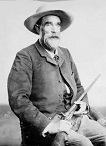






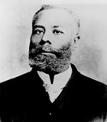



























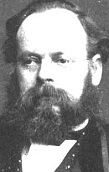


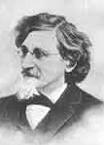





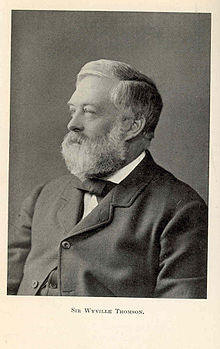







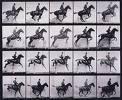




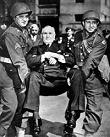
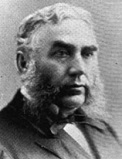
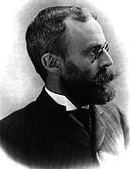
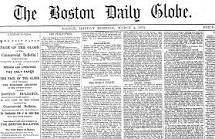

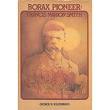




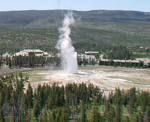



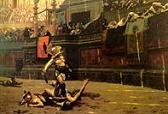
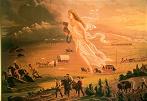



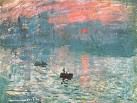
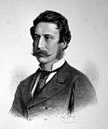
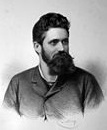
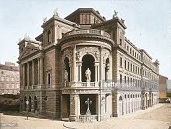

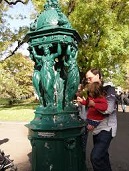
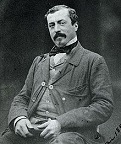



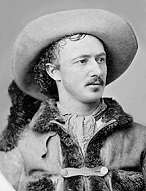

1872 Centuries-old privileges granted to German settlers are revoked by the Russian govt., causing a mass migration to the U.S., esp. the Dakotas, Neb., and Colo. This year 1.99M gal. (64K barrels) of foreign beer worth $1.49M is imported into the U.S.; by 1878 after the success of U.S.-based breweries, this figure is reduced to 768K gal. (25K barrels) and $593M. On Jan. 20 a mutiny of the garrison at Cavite Arsenal in the Philippines is supressed, and Father Jose Apolonio Burgos (b. 1837), leader of the secularizing priests is executed as a scapegoat on Feb. 17, along with other martyrs, causing a number of ilustrados (native intellectuals) to flee to Spain, later founding the Propaganda Movement, seeking rep. in the Spanish Cortes and awareness of Tagalog culture. On Jan. 27 the Little Sisters of the Poor (originally Little Sisters of the Abandoned Age) is founded in Barbastro, Spain by (St.) Teresa of Jesus Jornet Ibars (1843-97). On Feb. 4-5 the Aurora Borealis is seen as far S as Paris and Havana, causing fears of the End of the World. On Feb. 8 Richard Bourke, 6th Earl of Mayo (b. 1822), British viceroy of India (since Jan. 12, 1869) is assassinated by Pathan Afghan convict Shere Ali in Port Blair. On Feb. 15 the Wisc. Dairymen's Assoc. is founded in Watertown, Wisc. by William D. Hoard et al.; Wisc. goes on to earn the title "America's Dairyland", producing one-third of U.S. cheese and one-fourth of U.S. butter. On Mar. 1 Congress creates Yellowstone Park, becoming the first U.S. nat. park. On Mar. 4 The Boston Globe (originally "The Boston Daily Globe") 4-cent morning daily newspaper is founded in Boston, Mass. with $150K by six businessmen incl. Jordan Marsh dept. store magnate Eber Dyer Jordan Sr. (1822-95) and Gen. Charles Henry Taylor Taylor (1846-1921), who is hired in Aug. 1873 as business mgr., immediately lowering the price to 2 cents, requiring impartial news reporting, and pioneering stock quotations, women's pages, and sports pages, raising circ. from 8K to 30K in three weeks; in 1877 it launches a Sun. ed., which in 1892 merges with the rival "Boston Weekly Globe"; in 1878 "The Boston Evening Globe" is launched (until 1979); the ed. staff is known for being dominated by Roman Catholics; it goes on to become one of the top-10 U.S. daily newspapers by the 1970s; in 1993 it is acquired by The New York Times for $1.1B, who sell it in 2013 to Boston Red Sox owner John W. Henry for $70M. On Apr. 9 the chiefs of tuna-rich Samoa (5 islands and 2 coral atolls) petition for annexation by the U.S. - like samoa tuna? On Apr. 10 Arbor Day is founded in the U.S. by newspaperman Julius Sterling Morton (1832-1902), who built a 52-room mansion on a 65-acre estate on barren prairie in Neb. in 1855 and got into tree planting to beautify it; 1M trees are planted in Neb.; Morton later becomes the 2nd U.S. secy. of agriculture (1893-7). On Apr. 21 the Third Carlist War (ends Feb. 27, 1876) begins when the Carlists begin revolting against the govt. of Amadeo I and his Liberal supporters; the Hidalgo Affair begins when gen. J. Hidalgo, who ordered the sgts. to fire on the officers at San Gil 1868 is made capt.-gen. of the Basque Province, and his artillery officers all go on a sick strike, causing Amadeo I to sign decrees firing them and promoting sgts. in their places, leading to his abdication next Feb. On May 10 flamboyant women's rights crusader (a teen medium) Victoria Claflin Woodhull (1838-1927) becomes the first woman to run for U.S. pres. as the candidate of the new Equal Rights Party at their convention in Apollo Hall in New York City on the Free Love (anti-marriage) platform from jail as she fights federal obscenity charges filed by Victorian Laffin' Wood-Dull Puritan prude (misogynist?) Anthony Comstock; she is acquitted after serving 6 mo. in jail; Frederick Douglass is nominated for vice-pres., but doesn't acknowledge it; she receives zero popular and electoral votes. On May 22 the U.S. Gen. Amnesty Act pardons most Confederates except for 500 leaders. Shifting alliances in post Civil-War American politics? In May New York Tribune (a Repub. newspaper) ed. and reform champion Horace Greeley (1811-72) (who calls Grant's admin. corrupt, and he's on the money) is nominated for pres. by the new Liberal Repub. Party in Cincinnati, Ohio, along with Ky.-born Mo. Sen. (1863-7) and Mo. Gov. (1871-3) Benjamin Gratz Brown (1826-85) for vice-pres.; despite his lifelong hostility to them, Greeley gains the support of the Northern Dems. after reversing his long career of speaking out on behalf of blacks and criticizing their role in Reconstruction, and becomes estranged from the working class he was champion of; the Repubs. renominate Grant for pres., and Radical Mass. Sen. Henry "Natick Cobbler" Wilson (1812-75) for vice-pres.; the Bourbon Dems., a breakaway reactionary-conservative wing named for their old-fashioned views, who support Grover Cleveland and later oppose William Jennings Bryan nominate New York atty. Charles O'Conor (1804-74), who declines to run, even though he gets 21,559 votes in 23 states, becoming the first Roman Catholic to run for U.S. pres. On June 1 James Gordon Bennett (b. 1795) dies, and his son James Gordon Bennett Jr. (1841-1918), who took over the New York Herald in 1866 continues running it by cable from Paris after financing Henry Morton Stanley's expeditions to Africa to find Scottish missionary David Livingstone, who met on Nov. 10, 1871; a big yachting enthusiast and sponsor, his eccentric behavior, such as whipping it out and urinating into a fireplace in 1877 at a party held by the parents of his fiancee Caroline May (who er, breaks it off) causes his name to become an exclamation in Britain. On June 11 after being proclaimed by Kamehameha V on Dec. 22 to honor his grandfather, the first King Kamehameha I Day is celebrated in Hawaii, becoming the only U.S. state holiday honoring a monarch (until ?). On June 17-July 4 the World Peace Jubilee in Boston, Mass., organized by Patrick Sarsfield Gilmore (1829-92) celebrates the end of the Franco-Prussian War, and features composer Johann Strauss II (1825-99) (brought from Vienna at a cost of $20K) leading a 2K-instrument 20K-choir orchestra in a performance of "The Beautiful Danube". On June 19 the Whaley Bridge Flood in Derbyshire, England becomes one of the worse in English history; on Aug. 1, 2019 another flood damages the dam. On June 24 British Conservative Party leader Benjamin Disraeli gives his Crystal Palace Speech, laying down the policies of a rejuvenated Tory Party, declaring its business as protecting the existing institutions of the nation while rejecting the progressive reforms of the bad boy Liberals, yet courting enfranchised workingmen, promising to improve their social and economic position without the upheavals threatened by the methods of the Liberals, thus beginning a "Tory democracy"; he accurately forecasts their program for the next 30 years. In June the Cantonalist Risings of the cantonal repubs. in S Spain begin, backed by anarchists, and are quashed. On July 1 Thomas Francois Burgers (1834-81) is elected pres. #4 of the Transvaal Repub. in South Africa (until Apr. 12, 1877). On July 18 Benito Juarez (b. 1806) dies of apoplexy, going down as Mexico's #1 all-time hero, and on Dec. 1 vice-pres. Sebastian Lerdo de Tejada y Corral Bustillos (1823-89) becomes pres. of Mexico (until Nov. 20, 1876). On Aug. 22 after obtaining rights to coal deposits from the Choctaws, former Union Capt. James Jackson "J.J." McAlester (1842-1920) marries Chickasaw Nation member Rebecca Burney (1841-1919), allowing him to begin the first commercial coal mining in Okla. Territory in the Choctaw Nation. In Aug. after introducing universal military service, Japan introduces the Fundamental Code of Education, aiming for 100% literacy. In Aug. after getting the mail order bug, Chatham, N.J.-born former traveling salesman Aaron Montgomery Ward (1844-1913) and two others form Mongomery Ward & Co. with $1.6K in capital, mailing commercial catalogs that fascinate hicks and make good butt wipe in the outhouse, introducing the money-back guarantee in 1875, opening their first store in 1926, and growing to 530 stores by 1929 (#1), down to 75% the size of rival Sears, Roebuck & Co. by 1940; too bad, his successor (1937-55) Sewell Avery (1874-1960) (known for his virulent opposition to the New Deal) refuses to expand, preferring to bank his money, and opens no stores from 1937-55, leaving it only 25% the size of Sears. On Sept. 1 Mpande (b. 1798) dies, and his son Cetshwayo (Cetewayo) (1826-84) becomes king of Zululand (until Feb. 8, 1884), creating the new capital of Ulundi ("high place"), and going on to equip his army with muskets and banish Euro missionaries. On Sept. 18 Charles (Karl) XV (b. 1826) dies, and his brother Oscar II (1829-1907) becomes king of Norway (until Oct. 26, 1905) and Sweden (Dec. 8, 1907); the 4th Bernadotte monarch, and the last to run both countries. On Sept. 28 the Battle of North Fork on the Red River sees the U.S. Black 4th Cavalry led by Col. Ranald S. Mackenzie attack a Comanche camp on McClellan Creek, Gray County, Tex., killing 23 men and capturing 120 women and children, using them to lure the other warriors back to the Rez. On Nov. 5 after Horace Greeley is subjected to a nasty campaign by cartoonist Thomas Nast, while Grant enjoys backing from Repub. regulars, incl. the Radicals, seven carpetbag states, business and banking interests, and the Credit Mobilier Scandal blows up, with charges of corruption made against Schuyler Colfax, Henry Wilson, and House Speaker James G. Blaine, after which Congressional investigating committees clear them and pillory Oakes Ames of the House and James W. Patterson of the Senate, recommending expulsion, and Ames and Union Pacific govt. overseer James W. Patterson are censured, and Patterson slides by, while a number of judges are impeached and/or resign, and Greeley stages an exhausting nat. tour during which his wife dies, the 1872 U.S. pres. election sees Greeley win 40% of the vote, carrying six Southern and border states and no Northern states, 2.8M popular votes and ? electoral votes for Greeley vs. 3.6M popular and 286 electoral votes for Grant; when Greeley dies on Nov. 29, his electoral votes are distributed among four other men; Susan B. Anthony is arrested, tried, and fined for voting in the election, a newspaper article about her trial containing the soundbyte: "It was conceded that the defendant was, on the 5th November 1872, a woman." In Oct. after befriending him in 1871, Indian agent and Army scout Thomas Jefferson "Tom" Jeffords (1832-1914) leads Gen. Oliver O. Howard to the stronghold of Apache leader Cochise (1805-74) (who began an uprising in 1861) in the Dragoon Mts. in SE Ariz., talking him (with help of interpreter Geronimo) into negotiating a peace treaty on Oct. 12 accepting the new Chiricahua Rez, bringing peace in S Ariz. until 1876, when renegade Apaches kill whiskey merchant Nicholas Rogers. On Nov. 9 (7:20 p.m.) the Second Great Boston Fire in Mass. destroys 800 bldgs., kills 30, and causes $74M in damage, becoming Boston's largest urban fire (until ?). On Nov. 27 Augustin Morales (b. 1808) is shot and killed by his nephew Federico Lafaye, and on Nov. 28 foreign relations minister Tomas Frias Ametller (1804-84) becomes pres. of Bolivia (until May 7, 1873). On Nov. 29 the Modoc Indians of N Calif., led by Captain Jack (-1873), who had been forcibly relocated to a rez in Oregon along with their enemies the Klamath Indians in 1864, who mistreated them for years, causing them to return and dig in among lava beds S of Tule Lake in 1870, start shooting at U.S. soldiers attempting to disarm them and return them to the hated rez, beginning the Modoc War (ends June 1873). In Nov. in La. a chaotic racially-charged gubernatorial election results in two govs. and two legislatures, bringing the state to near civil war; in Grant Parish two constabularies, one black and one white lead to a mini-civil war. On Dec. 5 at 3:00 p.m. the British vessel Dei Gratia, commanded by Capt. David Morehouse, en route from New York to Gibraltar finds the 2-masted square-rigger ship Mary Celeste apparently sailing itself, its crew of seven, Capt. Briggs, his wife and daughter all missing, yet the ship is all in first-class condition, with plenty of food and water, incl. a cargo of barrels of alcohol, and the lifeboats unused; the food on the table in the captain's cabin is not spoiled, yet the last entry in the ship's log is dated Nov. 24; in 1913 schoolmaster Howard Linford pub. an article in Strand mag. in London about Abel Fosdyk, one of the crew, who had left papers claiming that the others had all been devoured by sharks after a new deck built in the bow collapsed, except himself, who ended up in Africa. On Dec. 11 king (since Nov. 30, 1863) Kamehameha V (b. 1830) dies without naming a successor, ending the Kamehameha line, and after his view that male ali'i are weak and corrupt, a succession of female ali'i (sister-wives of kings) begins ruling Hawaii, causing the 1864 Hawaiian Constitution to kick in, giving the decision to the legislature, and on Jan. 1 Lunalilo I (William Charles Lunalilo) (1835-74) (grandson of Kalaimamahu, half-brother of Kamehameha I, and cousin of Kamehameha V) is elected, becoming king #6 of Hawaii on Jan. 8 (until Feb. 3, 1874), becoming known as "the People's King" for being the first elected monarch of Hawaii - the original Lilo and Stitch? On Dec. 11 Utica, N.Y.-born Ward Hunt (1810-86) becomes U.S. Supreme Court justice #42 to replace Samuel Nelson (1845-72) (until 1882); meanwhile on May 7 chief justice (1864-73) Salmon P. Chase dies. On Dec. 12 the last known Labrador duck is shot down over Long Island, N.Y. - pesky Labrador retrievers? On Dec. 18 Salvador Silvester Rosario Jovellanos Guanes (1833-81) becomes pres. #5 of Paraguay (until Nov. 25, 1874), demanding the withdrawal of Brazilian occupation forces while trying to help Paraguay recover from its defeat. The Orthodox Church of Bulgaria declares its autonomy. Bismarck gives the state direct control of the schools in Prussia and expels the Jesuits. A civil war between conservatives and liberals begins in Honduras (ends 1876). The Reform (Secret Ballot) Act establishes voting by secret ballot in Britain. David Dudley Field Jr. submits his Draft Outline of an Internat. Code [of Laws] to a British govt. commission of lawyers, who form the Internat. Law Assoc. next year in Brussels, with Field as pres., advocating substitution of arbitration for war. Nanping-born Yung Wing (Rong Hong) (1828-1912 (first Chinese grad from a U.S. univ., Yale College in 1854) organizes the Chinese Educational Mission (CEM) to send 120 male Chinese students ages 9-14 to the U.S., while 30 more are sent to France and Britain for technical training; too bad, when the mission ends in 1881 and the boys return to China, they are found to have adopted several Am. customs incl. playing baseball, causing them to be confined and interrogated - I'm just a girl in the world, that's all you'll let me be? The town of Dallas, Tex. begins a boom after the arrival of the Houston and Texas Central Railroad this year, the Texas and Pacific Railroad next year, and several other railroads within a short period - only 91 years to go until JFK's fatal visit? "Cowboy Capital of the World", "Wickedest Little City in the West", "Queen of Cowtowns" Dodge City, Kan. on the Arkansas River in SW Kan. (on the meridian separating Central and Mountain time) 5 mi. W of Ft. Dodge (modern-day pop. 27K) (founded last year as an outpost on the Santa Fe Trail and originally called Buffalo City) becomes connected to the Atchison, Topeka, and Santa Fe Railway, becoming a main shipping point for Texas cattle (unti 1885), famous for lawmen Wyatt Earp and Bat Masterson, Front St., the Long Branch Saloon, and Boot Hill (where they bury them with their boots on). The city of Pawhuska, Okla. (originally Deep Ford) (modern-day pop. 3.5K) named after Osage chief Paw-Hiu-Skah ("white hair") (1763-1809) is established on the new Osage Nation Rez in Indian Territory (Okla.); the first Boy Scout troop in the U.S. is organized there in 1909. Wisc.-born woodcutter Francis Marion Smith (1846-1931) discovers ulexite (borax) in Teel's Marsh, Nev., becoming famous as the "Borax King" after Scientific Americanmag. describes him in 1877 as shipping 30-ton loads on two large wagons (plus a 3rd for food-water) drawn by a 24-mule team to the Central Pacific Railroad in Wadsworth, Nev.; in 1878 20-mule teams are introduced in Death Valley, Calif. English sugar refiner Sir Henry Tate (1819-99) purchases a patent on sugar cube manufacture from Eugen Langen (1833-95) of Germany, building a refinery in Liverpool this year, followed by another in Silvertown, London in 1877, relying on the English sweet tooth and becoming a millionaire philanthropist. Russian anarchist Mikhail Bakunin (1814-76) and several others are expelled from the First Internat. at the Hague Conference for maintaining their own secret org., causing them to hold their own conference at Saint-Imier, Switzerland. The Christianized Colville Indians in NE Wash. are relocated to the 2.3K-sq.-mi. Colville Reservation in NC Wash. Mark Twain visits London for the first time. Gas streetlights are installed in Tokyo, Japan. Popular Science mag. is founded in the U.S., featuring articles by Alexander Graham Bell, Thomas Edison, and Louis Pasteur, and informing the eager public about the newfangled Darwinian evolutionary theory. Progressive liberal Charles Prestwich Scott (1846-1932), nephew of founder John Edward Taylor becomes ed. of the Manchester Guardian (until 1929). 14-y.-o. actress Eleonora Duse (1859-1924) debuts as William Shakespeare's Juliet in Verona. Paul Cezanne and his father figure and fellow Impressionist artist Camille Pissarro (1830-1903) (who settles in Normandy this year after a 2-year stay in England to sit-out the Franco-German War while studying Joseph Turner) are exhibited at the Auvers-sur-Oise. Danish critic Georg Morris Cohen Brandes (1842-1927) becomes a prof. of lit. at Copenhagen U., becoming the first in Scandinavia to adopt a broad cosmopolitan view of lit. history, launching the Modern Breakthrough that replaces romanticism with naturalism, which wows the students but pisses-off the admin. and orthodox clergy, causing him to be expelled in 1877; after spending five years in Berlin, a group of admirers guarantees him a yearly stipend to return as a private prof., while the univ. leaves his chair vacant until 1902, when a Liberal govt. gets him his chair back - you had to be there? The private men's-only Bohemian Club for artists is founded by English-born Am. entomologist-actor Henry "Harry" Edwards (1827-91), holding an annual summer encampment at the Bohemian Grove in 1878, moving to Monte Rio, Calif. in 1893, starting a tradition that involves some of the world's most powerful men and lasts until ?; "The Bohemian club! Did you say Bohemian club? That's where all those rich Republicans go up and stand naked against redwood trees, right? I've never been to the Bohemian club but you oughta go. It'd be good for you. You'd get some fresh air." (Pres. Bill Clinton); "If I were to choose the speech that gave me the most pleasure and satisfaction in my political career, it would be my Lakeside Speech at the Bohemian Grove in July 1967. Because this speech traditionally was off the record it received no publicity at the time. But in many important ways it marked the first milestone on my road to the presidency." (Pres. Richard Nixon) Starting this year Caroline Astor begins holding the Patriarch's Ball (until 1897) for the top 400 families in New York City, who become known as "the Famous 400", where only having $1M is considered "respectable poverty"; there were actually only just over 300? The city of Fresno, Calif. on the San Joaquin River in the geographical center of Calif. 220 mi. N of Los Angeles, 170 mi. S of Sacramento, and 180 mi. SE of San Francisco (modern-day pop. 494K/972K) is founded as a station of the Central Pacific Railroad; it is incorporated in 1885. A German butcher opens the first stand selling "dachshund sausages" on Coney Island, N.Y. Gustavus Franklin Swift (1839-1903), who started out raising cattle in Cape Cod Bay, Mass. partners with James A. Hathaway in Boston, then relocates to Albany, N.Y., followed by Buffalo, N.Y., finally settling up in the new Union Stockyards in Chicago, Ill. and incorporating J.B. Swift & Co. (AKA the House of Swift) in 1875, hiring engineer Andrew Chase to design a car that puts the ice at the top of the compartment, allowing cold air to flow downward over the meat, which is packed tightly at the bottom to prevent derailment; after railroads that transport live cattle resist his innovation, he creates his own railroad line, making beef inexpensive for the ever-growing U.S. pop. and growing to 21K employees and slaughtering 2M cattle, 4M hogs, and 2M sheep a year by 1903, also selling Swiftning shortening, Allsweet margarine, Brookfield butter, Treasure Cave cheese, Peter Pan peanut butter, and Butterball turkeys (1954); too bad, Swift brags that his slaughterhouses use "everything but the squeal", incl. rotted meat, dead rats and rat droppings, and sawdust, leading to the 1906 U.S. Federal Meat Inspection Act. A treaty is negotiated by the U.S. Navy with the chiefs of Tutuila in Samoa to use Pago-Pago on the SE coast as a coaling station for steamships on the route from San Francisco and Sydney, keeping the Germans out of E Samoa, although the treaty is never ratified by the U.S. Congress. The U. College of Wales (later Aberystwyth U.) is founded in Aberystwyth, Cardiganshire (240 mi. NW of London)., opening in Oct. with 26 students. Va. Polytechnic Inst. (Va. Tech) (orginally Va. Agricultural and Mechanical College) in Blacksburg, Va. is founded as a public land grant univ. on the grounds of the former Methodist Preston & Olin Inst. and Solitude Farm; sports teams are called the Hokies. Scottish-born Alexander Graham Bell founds a school for teachers of the deaf in Boston, Mass. Jewish publisher Rudolf Mosse (1843-1920) founds the liberal newspaper Berliner Tageblatt, followed by "Deutsche Montagsblatt" in 1877, "Deutsche Reichsblatt" in 1881, "Bader Almanach" in 1882, "Berliner Morgenzeitung" in 1889, "Allgemeine Zeitung des Judenthums" in 1890, and "Deutsche Reichsadressbuch" in 1897, building one of the largest pub. houses in Europe, pioneering newspaper advertising; too bad, it is later targeted by the Nazis, who drive the hated Mosse family out of Germany in 1933, then pub. the newspaper themselves until Jan. 31, 1939. Yerville-born French chef Alfred Prunier (1848-1925) opens the Prunier Restaurant on Rue Duphot in Paris, specializing in lobster, caviar, and grilled dishes, becoming famous and attracting celeb clientele incl. Sara Bernhardt, Oscar Wilde, and Georges Clemenceau, along with Russian aristocrats; in 1924 his son Emile Prunier opens another restaurant on Victor Hugo Ave. in Paris, which attracts celeb clientele incl. F. Scott Fitzgerald and Ernest Hemingway; in 1925 his daughter Simone Prunier takes over her daddy's restaurant, opening another in London that closes in 1976. French actor Jean Mounet-Sully (1841-1916) debuts at the Comedie Francaise in 1872, going on to specialize in tragic roles incl. Oedipus and Hamlet. The Society of Estonian Writers is founded. BB&T (Branch Banking and Trust) Co. (oroginally Branch and Hadley) merchant bank is founded in Wilson, N.C. by Alpheus Branch and Thomas Jefferson Hadley, growing to $4M in assets by 1923, going on to become one of the largest financial services holding cos. in the U.S., with $184.7B in assets. C.A. Pillsbury and Co. is founded in the Falls of St. Anthony on the Mississippi River in Minneapolis, Minn. by Charles Alfred Pillsbury (1842-99) and his uncle John Sargent Pillsbury (1827-1901), becoming the first U.S. co. to use steel rollers for processing grain, producing "Pillsbury's Best", with the alleged finest flour in the world, capturing the market; John becomes Repub. gov. #8 of Minn. in 1876-82; Charles becomes a Minn. state senator in 1877-97; in 1949 the annual Pillsbury Bake-Off is first broadcast on CBS-TV; in 1957 they introduce the jingle "Nothin' says lovin' like somethin' from the oven... Pillsbury says it best"; in 1965 Leo Burnett creates the Pillsbury Doughboy as their mascot. Radeberger Brewery (Aktienbrauerei zum Bierkeller) in Radeberg (near Dresden), Saxony, Germany introduces the first pilsner in N Germany, becoming the first brewery in Germany to brew beer exclusively in the Pilsner style, beginning exports outside Germany in 1885 and reaching 300K cases/year; in 1887 German chancellor Otto von Bismarck elevates Radeberger Pilsner to "Kanzler-Brau" (chancellor's brew); in 1905 it becomes the favorite drink of Saxon king Frederick Augustus III; in 1905 it begins exports to the U.S. and Canada; in 1946 the Communist East German govt. takes it over; in 1954 it begins global exports; in 1990 after the Berlin Wall falls, it is acquired by Binding Brauerei, who begins selling it in West Germany and modernizes the plant, becoming a favorite of KGB agent Vladimir Putin and Charlie Harper in the TV series "Two and a Half Men", producing 26M gal. in 1994 and 52M gal. in 2001. Sports: The Scottish Football Assoc. and Rangers Football Club are founded, and the first internat. soccer game is held between England and Scotland, becoming the beginning of modern Soccer (Football). Architecture: Notre-Dame d'Afrique Roman Catholic basilica overlooking the Bay of Algiers in Algiers, Algeria (begun 1858) is completed, becoming the counterpiece to Notre-Dame de la Garde in Marseille, France (1864); the inscription on the apse is: "Notre Dame d'Afrique priez pour nous et pour les Musulmans" (Our Lady of Africa, pray for us and for the Muslims). The Stadttheater in Vienna, Austria (begun 1871) is designed by Vienna-born Ferdinand Feller (1847-1916), who in 1873 teams up with Harburg, Germany-born Hermann Gottlieb Helmer (1849-1919) to form the architectural firm of Fellner & Helmer, which goes on to design 200+ bldgs. throughout the Austro-Hungarian Empire, plus moree from Ukraine to Switzerland, hiring artists Theodor Friedl, Gustav Klimt, Hans Makart et al. for interior-exterior work, helping to bind the empire together and make Vienna its cultural center. The Tootle Opera House is built in St. Joseph, Mo., containing the 2nd gas chandelier in the U.S. (first in New York City) - tootle my saint joe jokes here? The Union Stockyards are incorporated in Chicago. The San Francisco Golden Gate Bridge is proposed (opened 1937). St. Gotthard Tunnel is begun (finished 1881). The Moorish-Gothic brownstone Central Synagogue at 123 E. 55th St. (near Park Ave.) in New York City opens, complete with onion domes, becoming the oldest continuously used Jewish house of worship in the state and the second oldest in the U.S. The eclectic Trinity Church in Boston, Mass. is begun, designed by Henry Hobson Richardson (1838-86) (finished 1877). Inventions: On Mar. 5 Am. engineer George Westinghouse Jr. (1846-1916) patents the failsafe Automatic Railroad Air Brake. On July 20 Wireless Telegraphy is patented by Washington, D.C. dentist Mahlon Loomis (1826-86), U.S. patent 129,971 ("Improvement in Telegraphing"): "What I claim as my invention or discovery, and desire to secure by Letters Patent, is: The utilization of natural electricity from elevated points by connecting the opposite polarity of the celestial and terrestrial bodies of electricity at different points by suitable conductors, and, for telegraphic purposes, relying upon the disturbance produced in the two electro-opposite bodies (of the earth and atmosphere) by an interruption of the continuity of one of the conductors from the electrical body being indicated upon its opposite or corresponding terminus, and thus producing a circuit or communication beween the two without an artificial battery or the further use of wires or cables to connect the co-operating stations"; too bad, he never builds any apparatus, and his claim is jumped by William Henry Ward, who receives a patent on Apr. 30; in Jan. 1872 the U.S. Congress hears Loomis' plea to charter the Loomis Aerial Telegraph Co. and turns him down. On Oct. 20 Am. physician William Robinson invents the Electric Closed Track Circuit for Railroads. William Thomson (Lord Kelvin) invents a machine to take accurate depth soundings at sea. Am. mechanical engineer George Brayton (1830-92) of R.I. patents a 2-cylinder 2-stroke kerosone stationary engine that he calls Brayton's Ready Motor, which becomes the first safe and practical oil engine; he displays it at the 1876 Philadelphia Centennial Exposition; too bad, the 1876 Otto Engine becomes more popular. Am. horticulturist Luther Burbank (1849-1926) of Lunenberg, Mass. perfects the Burbank Potato, followed by over 800 strains of improved fruits, vegetables, and flowers, incl. the Freestone Peach, edible thornless Opuntia Cactus, and Plumcot (plum-apricot); in 1875 he moves to Santa Rosa, Calif., raising over 1M plants a year for his experiments; too bad he goes for the Lamarckian Theory of the Inheritance of Acquired Characteristics? - the womb as its own tiny emergency room? Am. inventor Thomas Alva Edison (1847-1931) perfects the 2-way Duplex Telegraph, originally invented in 1853 by Julius Wilhelm Gintl, that sends two messages simultaneously over the same wire. German engineer Paul Haenlein (1835-1905) of Mainz designs and flies a semi-rigid-frame dirigible powered by a 4-cylinder internal combustion engine that runs on coal gas from the supporting bag. William Lawrence of Cheter, N.Y. invents cream cheese. African-Canadian inventor Elijah J. McCoy (1843-1929) receives U.S. Patent #129,843 on July 23 for an automatic lubricator for steam engines, which comes to be known as the "Real McCoy". English clergyman Charles Meade Ramus (1822-) invents the Hydroplane. Swedish engineer Charles Wilson builds the first solar water distillation plant in Las Salinas, Chile. Science: On Dec. 23 after discovering the oceanic circulation in 1868-9 and proving the existence of animal life down to 650 fathoms, allowing him to talk the Royal Navy into it, the British ship HMS Challenger sets out on a 3.5-year round-the-world expedition from Portsmouth in the Challenger to study and map the oceans, led by Scottish marine zoologist Charles Wyville Thomson (nee Wyville Thomas Charles Thomson) (1830-82), traveling 70K nautical mi. and cataloging 4K previously unknown species, resulting in the 1873 pub. of "The Depths of the Sea", "the greatest advance in the knowledge of our planet since the celebrated discoveries of the fifteenth and sixteenth centuries" (John Murray), helping found the science of oceanography, becoming a celeb and getting knighted by Queen Vicky. German-Austrian surgeon Christian Albert Theodor Billroth (1829-94) makes the first Resection of the Esophagus. German mathematician Richard (Julius Wilhelm Richar) Dedekind (1831-1916) rigorously defines irrational numbers arithmetically via the Dedekind Cut, a downward closed set without a greatest element, i.e., (-infinity, b) and [b, +infinity) - sounds like the coup de grace? Am. astronomer Asaph Hall pub. an article on the experimental determination of pi by throwing a fine steel wire randomly onto a plane surface ruled with equidistant parallel lines, with pi being equal to 2 * (l/d) * (n/i), where l = length of wire, d = distance between lines, n = # of trials, and i = # of intersections. The first time-sequence photography of a horse in motion is made by English-born Am. landscape photographer Eadweard James Muybridge (Edward James Muggeridge) (1830-1904) using his zoopraxiscope to win a $25K bet over whether all four hooves ever leave the ground at the same time (yes); he only comes up with a single still shot this year, but shoots a galloping sequence by 1878. After deciphering the Assyrian Flood Tablet with what he believes is the story of Noah's Ark, and jumping up and rushing about the room in excitement and undressing himself, George Smith (1840-76) of the British Museum, pupil of Sir Henry Creswicke Rawlinson delivers a lecture on Dec. 3 to the Society of Biblical Archaeology on The Deluge Story in the Clay Tablets of Assurbanipal's Royal Library in Nineveh (burned down along with his palace), explaining his discovery of the Epic of Gilgamesh and claiming that there are missing tablets yet to be discovered, causing the London Daily Telegraph to offer 1K guineas to the Museum, and Smith to be sent to the Tell of Kuyunjik for 6 mo., and return with missing pieces about provisioning the Ark; he returns 1.5 years later, finds tablets pertaining to the Creation story, then makes a 3rd trip, dying in the summer of 1876 after contracting a virus from a canteen in the desert on the way to Aleppo. English biologist Douglas Alexander Spalding (1841-77) pub. his discovery of Psychological Imprinting in small animals; too bad, it takes decades for his work to be recognized. German astrophysicist Johann Karl Friedrich Zollner (1834-82) pub. a paper criticizing the Panspermia (Lithopanspermia) Theory of William Thompson, Lord Kelvin on the grounds that it begs the question of where life came from in the first place, plus apostrophe, apostrophe, meteors don't seem to be a good way for life to come in through the atmosphere considering the little problem of high temp thermal entry?; in 1874 he pub. a paper showing that Mercury's low albedo means that it has no atmosphere, hence no life. Nonfiction: Walter Bagehot (1826-77), Physics and Politics: Or, Thoughts on the Application of the Principles of Natural Selection and Inheritance to Political Society; coins the term "the cake of custom". Mikhail Bakunin (1814-76), Marx's Das Kapital (Russian trans.) (spring) - they'll never buy it? Francois Achille Bazaine (1811-88), L'Armee du Rhin (The Army of the Rhine). Louis Auguste Blanqui (1805-81), L'Eternite par les Astres (The Eternal Stars); treatise on science. Georg Morris Brandes (1842-1927), Main Currents in Nineteenth-Century Literature (6 vols.) (1872-90). Moncure D. Conway (1832-1907), Republican Superstitions as Illustrated in the Political History of America. Elliott Coues (1842-99), Key to North American Birds; introduces the key system into zoology. Sir Edward Shepherd Creasy (1812-78), Imperial and Colonial Institutions of the Britannic Empire, Including Indian Institutions. Urbain Dubois (1818-1901), Cuisine artistique, étude de l'école moderne (2 vols.). Warren Felt Evans (1817-89), Mental Medicine. Henry Fawcett (1833-84) and Millicent Fawcett (1847-1929), Essays and Lectures on Social and Political Subjects. James Thomas Fields (1817-81), Yesterdays with Authors. Camille Flammarion (1842-1925), Recits de L'Infini. John Forster (1812-76), The Life of Charles Dickens (1872-4). James Anthony Froude (1818-94), The English in Ireland in the Eighteenth Century (3 vols.) (1872-4); explaining why it is futile for the English to conciliate the Irish because they're priest-ridden, and what they need is "enlightened despotism", thus all them English atrocities by Oliver Cromwell et al. were well deserved, pissing-off Irish historian William Edward Hartpole Lecky et al. Oliver Wendell Holmes Sr. (1809-94), The Poet at the Breakfast Table; first pub. in Atlantic Monthly. Baron Richard von Krafft-Ebing (1840-1902), Foundations of Criminal Psychology. Bon Louis Henri Martin (1810-83), Studies of Celtic Archeology. Cardinal Jules Mazarin (1602-61), Lettres du Cardinal Mazarin pendant son Ministere (1872-94) (Paris). Augustus De Morgan (1806-71), A Budget of Paradoxes (2 vols.) (posth.). Friedrich Wilhelm Nietzsche (1844-1900), The Birth of Tragedy from the Spirit of Music (Die Geburt der Tragedie aus dem Geiste der Musik); approvingly quotes Silenus: The very best thing is not to be born, not to be, to be nothing. The second best is to die soon"; claims that Greek culture is defined by the opposition of Apollonian and Dionysian tendencies, becoming the reason he grooves on Wagnerian music dramas? Samuel Plimsoll (1824-98), Our Seamen; advocates a safe load line on ships, which becomes known as the Plimsoll Line; too bad, after ship owners lobby Parliament to drop the bill on July 22, 1875, he calls the MPs "villains" and shakes his fist at the speaker, causing PM Benjamin Disraeli to try to get him reprimanded, accepting an apology, after which public opinion gets his proposal adopted in 1876. John Gilmary Shea (1824-92), A Child's History of the United States. Sergey Solovyov (1820-79), Public Readings on Peter the Great. Henry Morton Stanley (1841-1904), How I Found Livingstone in Central Africa; contains the immortal soundbyte "Dr. Livingstone, I presume?" David Friedrich Strauss (1808-71), The Old Faith and the New (Die alte und der neue Glaube); 4th ed. 1873 contains "Afterword as Foreword" (Nachwort als Vorwort); totally dumps miracles for modern scientific materialism, causing another public sensation; English trans. pub. by M. Blind in 1873. Music: Georges Bizet (1838-75), Djamileh (opera); Incidental Music to Alphonse Daudet's "L'Arlesienne". Alexandre Charles Lecocq (1832-1918), La Fille de Mme. Angot (Brussels). Charles-Marie Widor (1844-1937), Symphonies No. 1-4 for Organ (Hamelle). Art: Sir Lawrence Alma-Tadema, The Mummy. Arnold Bocklin (1827-1901), Battle of the Centaurs (Centaurs Fighting); Roman May Festival - is this symbolist stuff madness or genius? Jean-Baptiste-Camille Corot (1796-1875), L'Etang de Ville-d'Avray. Charles-Francois Daubigny (1817-78), Windmills at Dordrecht. Frank Duveneck (1848-1919), The Whistling Boy. John Gast (1842-?), American Progress; symbolizes Manifest Destiny. Jean-Leon Gerome (1824-1904), The Roman Arena (Pollice Verso); shows the emperor giving the "pollice verso" thumbs-down sign for death to the fallen gladiator; actually, he turned his thumb to his breast as a signal to stab him, and turned his thumb downward to signal dropping the sword (not on him) to spare him, but Gerome's version catches on and becomes unstoppable? Winslow Homer (1836-1910), Snap the Whip; rural boys. Nantes-born French sculptor Charles-Auguste Lebourg (1829-1906) begins sculpting 100+ small cast-iron Wallace Fountains (drinking fountains), financed by English art collector Sir Richard Wallace, 1st Baronet (1818-90), which are sited throughout Paris on the busiest sidewalks and give Paris its character, also in Lisburn. Jule Joseph Lefebvre (1836-1911), Pandora; La Cigale. Claude Monet (1840-1926), Impression: Sunrise (Impression, Soleil Levant); first displayed in Apr. 1874, it launches the Impressionism Movement, along with the soundbyte: "Landscape is nothing but an impression, and an instantaneous one, hence this label that was given us, by the way because of me. I had sent a thing done in Le Havre, from my window, sun in the mist and a few masts of boats sticking up in the foreground... They asked me for a title for the catalogue... and I said 'Impression'"; of course music and all the other arts soon follow along. Bernhard Plockhorst (1825-1907), Archangel Michael and Satan Struggling for the Body of Moses. Plays: Edward George Bulwer-Lytton (1803-73), Money (Prince of Wales' Theatre). Ned Buntline (1823-86), Scouts of the Prairie (Dec.) (Chicago, Ill.); stars Buffalo Bill Cody, along with Buntline (who leaves in 1873 and is replaced by shy Wild Bill Hickock), colorful Fluvanna County, Va.-born scout John Baker "Texas Jack Omohundro (1846-80) (a courier for Confed. Gen. J.E.B. Stuart, known as "the Boy Scout of the Confederacy" for his knowledge of the countryside), his future wife (Aug. 31, 1873) Italian ballerina Giuseppina Moriacchi, and sometimes 6-y.-o. Carlos Montezuma as Atzeka, the Apache child of Cochise, becoming a big hit despite being panned by critics, performed in packed theaters across the U.S. for several years, giving Cody training for his Wild West Show; in 1877 Omohundro forms his own acting troupe in St. Louis, Mo., debuting "Texas Jack in the Black Hills" in May to rave reviews. Alphonse Daudet (1840-97), L'Arlesienne. Bronson Crocker Howard (1842-1908), Diamonds (comedy of manners). Catulle Mendes (1841-1909), La Part du Roi (1-act comedy). Stephen Toldy (1844-79), The Good Patriots (comedy). Poetry: Charles Stuart Calverley (1831-84), Fly Leaves; "'Tis the hour when white-horsed Day/ Chases Night her mares away;/ When the Gates of Dawn (they say)/ Phoebus opes;/ And I gather that the Queen/ May be uniformly seen/ Should the weather be serene,/ On the slopes"; "Bowers of flowers encounter'd showers/ In William's carol - (O love my Willie!)/ Then he bade sorrow borrow from blithe to-morrow/ I quite forget what - say a daffodilly". Robert Hamerling (1830-89), Die Sieben Todsunden. Jose Hernandez (1834-86), El Gaucho Martin (Martín) Fierro; #1 gaucho poem? Victor Hugo (1802-85), L'Annee Terrible. Andrew Lang (1844-1912), Ballads and Lyrics of Old France. Conrad Ferdinand Meyer (1825-98), Hutten's Last Days. William Morris (1834-96), Love is Enough. Bayard Taylor (1825-78), Masque of the Gods. Novels: Walter Besant (1836-1901) and James Rice (1843-82), Ready-Money Mortiboy. William Black (1841-98), The Strange Adventures of a Phaeton. Ricahrd Doddridge Blackmore (1825-1900), The Maid of Sker. Mary Elizabeth Braddon (1837-1915), To the Bitter End. Robert Browning (1812-89), Fifine at the Fair. Samuel Butler (1835-1902), Erewhon, or Over the Range; "nowhere" spelled backwards; Higgs discovers a Kiwi town where criminals are sent to the doctor while the sick are punished; he escapes in a balloon; followed by "Erewhon Revisited" (1901). Wilkie Collins (1824-89), Poor Miss Finch. Juliana Horatia Ewing (1841-85), A Flat Iron for a Farthing. Octave Feuillet (1821-90), Julia de Trecoeur. Thomas Hardy (1840-1928), Under the Greenwood Tree: A Rural Painting of the Dutch School (title from Shakespeare's "As You Like It", Act 2, Scene 5) (original title "The Mellstock Quire"), his first Wessex novel, which does well enough to convince him to give up architecture for writing; his novels are highly-architected cathedrals made of words? Nathaniel Hawthorne (1804-64), Septimius Felton; or, The Elixir of Life (posth.); ed. by his daughter Una and poet Robert Browning. William Dean Howells (1837-1920), Their Wedding Journey (first novel). Gottfried Keller (1819-90), Sieben Legenden (short stories). Nikolai Leskov (1831-95), Cathedral Folk. Charles James Lever (1806-72), Lord Kilgobbin. Petroleum V. Nasby (1833-88), The Struggles, Social, Financial, and Political of P.V. Nasby. Edward Payson Roe (1838-88), Barriers Burned Away (first novel); a Presbyterian pastor turns novelist, and is a hit after coaxing New England Puritans into reading his fiction because of its high moral-religious purpose. Leopold von Sacher-Masoch (1836-95), Faux Ermine. Ivan Turgenev (1818-83), A Month in the Country. Ellen Price Wood (1814-87), Within the Maze; makes Leo Tolstoy a fan. Births: Am. "The Impersonal Life", "The Way Out" medium Joseph Sieber Benner (d. 1941) on Jan. 3 in Akron, Ohio; Elvis Presley is a fan. Russian composer-pianist Alexander Nikolayevich Scriabin (d. 1915) on Jan. 6 (Dec. 25 Old Style) in Moscow. Am. painter Howard Chandler Christy (d. 1952) on Jan. 10 in Morgan County, Ohio. German composer Paul Graener (d. 1944) on Jan. 11 in Berlin. French "Diaforus 60" composer-conductor Paul-Henri Busser (Büsser) (d. 1973) on Jan. 16 in Toulouse, Haute-Garonne; wife of Yvonne Gall (1885-1972). Am. Hearst Castle architect Julia Morgan (d. 1957) on Jan. 20 in San Francisco, Calif. French piezoelectricity physicist Paul Langevin (d. 1946) on Jan. 23 in Paris; has scandalous affair with Marie Curie while he's married. Am. "The Bad Man" silent film actor Holbrook Blinn (d. 1928) on Jan. 23 in San Francisco, Calif. U.S. Sen. (R-Okla.) (1921-7) (first Repub.) John William Herreld (d. 1950) on Jan. 24 in Morgantown, Ky. Italian anti-Fiascist statesman Count Carlo Sforza (d. 1952) on Jan. 24 in Lucca. English chemist ("Rare Gas Travers") Morris William Travers (d. 1961) on Jan. 24 in Kensington, London; educasted at Univ. College London. Am. jurist Billings Learned Hand (d. 1961) on Jan. 27 in Albany, N.Y.; cousin of Augustus Noble Hand (1869-1954); educated at Harvard U.; partner (1976-85) of Blair Brown and (1988-93) Marcia Cross - talk to the hand? German Prussian PM (1920-32) Otto Braun (d. 1955) on Jan. 28 in Konigsberg. Russian silent film actor-dir. Pyotr Ivanovich Chardynin (Krasavtsev) (d. 1934) on Jan. 28 in Simbirsk (Ulyanovsk). British Conservative journalist-politician Sir Herbert Stanley Reed (d. 1969) on Jan. 28. Am. "Riders of the Purple Sage" Western novelist Pearl Zane Grey (d. 1939) on Jan. 31 in Zanesville, Ohio; maternal great-grandson of Ebenezer Zane (1747-1811); starts out as a dentist in New York City in 1896. French "La Ronde" symbolist poet ("Prince of the Poets" - Paul Verlaine) Paul Fort (d. 1960) on Feb. 1 in Reims, Marne. Am. biochemist Lafayette Benedict Mendel (d. 1935) on Feb. 5 in Delhi, N.Y.; German immigrant parents; educated at Yale U.; collaborator of Thomas Burr Osborne (1859-1929). English painter-illustrator Sir William Newzam Prior Nicholson (d. 1949) on Feb. 5; knighted in 1936. German "Jewish Self-Hatred" philosopher (Jewish) (Zionist) Theodor Lessing (d. 1933) on Feb. 8 in Hanover. Am. Cathedral of Learning architect Charles Zeller Klauder (d. 1938) on Feb. 8 in Philadelphia, Pen. Am. 5'4" hall-of-fame baseball outfielder William Henry "Wee Willie" Keeler (d. 1923) on Mar. 3 in Brooklyn, N.Y.; noted for place hitting. Norwegian "The Great Hunger" novelist-dramatist Johan Bojer (d. 1959) on Mar. 6 in Orkedalsoren. Am. archeologist Howard Crosby Butler (d. 1922) on Mar. 7 in Croton Falls, N.Y.; educated at Princeton U. Dutch Neoplastic De Stijl abstract painter (in France and the U.S.) Piet (Pieter) Cornelis Mondrian (Mondriaan) (d. 1944) on Mar. 7 in Amersfoort. Am. world's tallest woman (8'4", 265 lbs.) Ella Ewing (d. 1913) on Mar. 9 near La Grange, Mo. Indian Socialist independence leader (Deobandi Muslim) Ubaidullah Sindhi (d. 1944)on Mar. 10 in Sialkot; born in a Sikh family, converting to Islam early in life. Irish Sinn Fein founder Arthur Griffith (d. 1922) on mar. 31 in Dublin. Am. journalist-editor-writer Oswald Garrison Villard (d. 1949) on Mar. 13 in Wiesbaden, Germany; son of Henry Villard (1835-1900); grandson of William Lloyd Garrison; father of Oswald Garrison Villard Jr. (1916-2004); educated at Harvard U. Danish "Bibi", "The Dangerous Age" children's writer Karin Michaelis (d. 1950) on Mar. 20. Spanish lt. gen. Jose Sanjurjo y Sacanell, 1st Marquis of the Rif (d. 1936) on Mar. 28 in Pamplona, Navarra. Russian ballet impresario (1909 founder of Ballets Russes) (gay) Sergei Diaghilev (d. 1929) in Mar. 31 in Selischi. Am. women's rights and birth control activist Mary Coffin Ware Dennett (d. 1947) on Apr. 4. Am. Socialist Yiddish "Der Oitzer" dramatist-novelist (Jewish) David Pinski (d. 1959) on Apr. 5 in Russia; emigrates to the U.S. in 1899. Am. "Boston Guardian" co-founder (black) William Monroe Trotter (d. 1932) on Apr. 7 in Chillicothe, Ohio; mother Virginia Isaacs is great-granddaughter of Thomas Jefferson and Mary Hemings, sister of Sally Hemings; educated at Harvard U.; first black to receive a Phi Beta Kappa key. Am. old-time country singer "Singing" Mary Bullman Sands (d. 1949) on Apr. 8 in Madison County, N.C. French Socialist PM (1936-7, 1938, 1946-7) Leon Blum (d. 1950) on Apr. 9 in Paris; studies under philosopher Henri Bergson (1859-1941), plus law at the Sorbonne. Am. filmmaker Mark M. Dintenfass (d. 1933) on Apr. 17 in Tarnow, Austria-Hungary. Am. "Birth of a Nation" cinematographer Georg William Bitzer (d. 1944) on Apr. 21 in Roxbury, Mass. Am. servicewoman (first KIA in WWI) Maron G. Crandell (d. 1918) on Apr. 25 in Cedar Rapids, Iowa. Am. film dir. William Desmond Taylor (William Cunningham Deane-Tanner) (d. 1922) on Apr. 26 in Carlow, Ireland; emigratest to the U.S. in 1890; vanishes from his New York City home on Oct. 23, 1908, leaving a wife and daughter to go to Hollywood, changing his name. Italian automobile manufacturer Claudio Fogolin (d. 1945),/a> on Apr. 30 in San Vito al Tagliamento. Swedish "Swedish Rhapsody" composer-conductor-violinist-painter Hugo Emil Alfven (Alfvén) (d. 1960) on May 1 in Stockholm. Portuguese dictator pres. #4 (1917-18) ("the President-King") Sidonio (Sidónio) ernardino Cardoso da Silva Pais (d. 1918) on May 1 in Caminha. U.S. Palmer Raids atty. gen. (1919-21) Alexander Mitchell Palmer (d. 1936) on May 4 in White Haven, Penn. Am. "The Winning of Barbara Worth", "The Shepherd of the Hills" novelist Harold Bell Wright (d. 1944) on May 4 in Rome, N.Y.; first Am. writer to sell 1M copies of a novel and make $1M from writing fiction. Turkish gen. (Muslim) Djemal (Jemal) Pasha (Ahmed Djemal) (d. 1922) on May 6 in Mytilene, Lesbos. Dutch astronomer Willem de Sitter (d. 1934) on May 6. French "The Gift" sociologist-anthropologist (Jewish) Marcel Mauss (d. 1950) on May 10 in Epinal; nephew of Emile Durkheim (1858-1917). British "Principia Mathematica", "History of Western Philosophy", "On Denoting" analytic philosopher-logician and pacifist activist (agnostic) Bertrand Arthur William Russell, 3rd Earl Russell (d. 1970) on May 18 in Ravenscroft, Trellech, Monmouthsire, Wales; son of John Russell, Viscount Amberley (1842-76), son of English PM John Russell, 1st Earl Russell (1792-1878); his godfather is John Stuart Mill; husband (1920-37) of Dora Black (1894-1986), and (1936-49) Patricia Russell (1910-2004); father of John Russell, 4th earl Russell (1921-87), and Conrad Russell (1937-2004); born when Britain is king of the world, dies after it becomes a broken wreck; a notorious lecher, always trying to pinch a woman's butt? Costa Rican pres. (1920-4) Julio Acosta Garcia (d. 1954) on May 23 in San Ramon. Am. astrophysicist Charles Greeley Abbot (d. 1973) on May 31 in Wilton, N.H.; educated at Phillips Andover Academy, and MIT; asst. of Samuel Pierpont Langley (1834-1906); inventor of the solar cooker, solar boiler, and solar still. Afghani emir (1901-19) Habibullah Khan (d. 1919)on June 3 in Tashkent, Uzbekistan; eldest son of Abdur Rahman Khan (1840-1901); brother of Nasrullah Khan (1875-1920); father of Amanullah Khan (1892-1960). Russian tsarina (last) (1894-1917) (hemophiliac) Alexandra Feodorovna Romanova (Alix of Hesse and by Rhine) (d. 1918) on June 6 in Darmstadt, Germany; 6th of 7 children of Grand Duke Louis IV of Hesse and by Rhine (1837-92) and British Princess Alice (1843-78), 2nd daughter of Queen Victoria and Prince Albert; wife (1894-) of Nicholas II (1868-1918); mother of Olga, Tatiana, Maria, Anastasia, and Alexei. Am "The Fortune Teller" soprano-actress ("America's greatest lyrical soprano" - New York Evening World) Alice Nielsen (d. 1943) on June 7 in Nahsville, Tenn.; Danish immigrant father, Irish immigrant mother; grows up in Warrensburg, Mo., and Kansas City, Mo. Italian cardinal (1959-) Francesco Morano (d. 1968) on June 8 in Calvano, Aversa; oldest cardinal until ? English "Diana of Dobson's" feminist suffragist playwright-journalist-actress Cicely Mary Hamilton (Hammill) (d. 1952) on June 15 in Paddington, London. Am. astronomer Heber Doust Curtis (d. 1942) on June 27 in Muskegon, Mich.; educated at the U. of Mich., and U. of Va. Am. "Lyrics of a Lowly Life" writer-poet-novelist-composer (black) ("Poet Laureate of His People") Paul Laurence Dunbar (d. 1906) on June 27 in Dayton, Ohio at the Dunbar House at 219 N. Paul Laurence Dunbar St. (don't miss the ceremonial sword presented to him by Teddy Roosevelt?); writes his first poem at age 6, and gives his first recital at age 12. French aviation pioneer Louis Bleriot (Blériot) (d. 1936) on July 1 in Cambrai. Syrian Romantic poet-journalist (Shair al Qutrayn = "Poet of the Two Countries") Khalil Mutran (d. 1949) (AKA Sha'ir alQutrayn = "poet of the two countries") on July 1 in Baalbek, Lebanon; Palestinian father; known for translating Shakespeare's "Othello" into Arabic. U.S. Repub. pres. #30 (1923-9) and vice-pres. #29 (1921-3) John Calvin Coolidge Jr. (d. 1933) on July 4 in Plymouth, Vt. (near Lake Amherst); son of a storekeeper; educated at Amherst College. French Radical PM (1924-5, 1926, 1932) Edouard (Édouard) Herriot (d. 1957) on July 5 in Troyes. Am. "Wait 'Till the Sun Shines, Nellie", "Oh How I Hate to Get Up in the Morning" songwriter (Jewish) Harry Von Tilzer (Aaron Guminsky) (Harry Gumm) (d. 1946) on July 8 in Detroit, Mich.; Polish Jewish immigrant parents; brother of Albert Von Tilzer (1878-1956); collaborator of Andrew B. Sterling (1874-1955). British Conservative statesman-atty. Frederick Edwin Smith, 1st Earl of Birkenhead (d. 1930) on July 12 in Birkenhead, Cheshire; educated at Univ. College of Liverpool, and Wadham College, Oxford U.; Winston Churchill's best friend; knighted in 1915; created baron in 1919; created viscount in 1921; created earl in 1922. Norwegian polar explorer Roald Engelbregt Gravning Amundsen (d. 1928) on July 16 in Borge between Fredrikstad and Sarpsborg. Am. FBI dir. #1 (1908-12) Stanley Wellington Finch (d. 1951) on July 20 in Monticello, N.Y.; educated at George Washington U. French "Cerdanya" composer Deodat de Severac (Déodat de Séverac) (d. 1921) on July 20 in Saint-Felix-de-Caraman, Haute-Garonne. Am. Imperial School historian George Louis Beer (d. 1920) on July 26 in Staten Island, N.Y.; educated at Columbia U. French PM #106 (1933) and #113 (1936) Albert Pierre Sarraut (d. 1962) on July 28. Norwegian king (1905-57) on Aug. 3 in Charlottenlund Palace near Copenhagen; 2nd son of Frederick VIII of Denmark (1843-1912) and Louise of Hesse (1817-98); brother of Christian X of Denmark (1870-1947); father of Olav V (1903-91). Am. jazz musician (black) William Manuel "Bill" Johnson (d. 1972) on Aug. 10. German chemist Richard Martin Willstatter (Willstätter) (b. 1942) on Aug. 13 in Baden; first to find out what chlorophyll is made of other than "green stuff"? Indian poet, newspaper editor and Vedanta Society founder Sri Aurobindo (Aurobindo Ghosh or Ghose) (d. 1950) on Aug. 15 in Calcutta; educated at King's College, Cambridge U. English "The Maid of the Mountains" composer Harold Fraser-Simon (d. 1944) on Aug. 15 in London; educated at Charterhouse School, Dulwich College, and King's College London. Am. bronze sculptor Bessie Potter Vonnoh (d. 1955) on Aug. 17 in St. Louis, Mo. English chess master #1 ("the Little Steinitz") Henry Ernest Atkins (d. 1955) on Aug. 20 in Leicester; educated at Peterhouse, Cambridge U. English erotic illustrator Aubrey Vincent Beardsley (d. 1898) on Aug. 21 in Brighton. English critic-essayist ("the Incomparable Max") (not Jewish) Sir Henry Maximilian "Max" Beerbohm (d. 1956) on Aug. 24 in London; Lithuanian immigrant father; brother of Herbert Heerbohm Tree (1852-1917); educated at Merton College, Oxford U.; husband (1910-51) of Florence Kahn (1878-1951); knighted in 1939. Russian prima ballerina assoluta #1 (princess Romanova-Krasinskaya) Matilda (Matilde) Marie Feliksovna Ksheshinskaya (Kschessinskaya) (d. 1971) on Aug. 31 (Aug. 19 Old Style) in Ligova (near St. Petersburg); mother is an artist; grandfather is famous violinist; known for hooking up with future Tsar Nicholas II; known as Madame N17 for always betting on 17 in Monte Carlo; wife (1921-) of Grand Duke Andrei Vladimirovich (1879-1956); teacher of Margot Fonteyn. Am. Mafia boss Nicolo (Nicola) "Cola" Schiro (d. 1957) on Sept. 2 in Roccamena, Palermo, Sicily; emigrates to the U.S. in 1897; cousin of Paolo Orlando. Russian explorer Vladimir Klavdiyevich Arsenyev (d. 1930) on Sept. 10 in St. Petersburg. Am. cosmetics king (Jewish) Max Factor Sr. (Maksymilian Faktorowicz) (d. 1938) on Sept. 15 in Zdunska Wola, Polandemigrates to the U.S. in 1904. English conductor Walter Henry Rothwell (d. 1927) on Sept. 22; English father, Austrian mother. English "Private Lives" theatrical mgr.-impresario Sir Charles Blake "C.B." Cochran (d. 1951) on Sept. 25 in Sussex; knighted in 1948. British chief rabbi (1913-46) (Jewish) Joseph Herman Hertz (d. 1946) on Sept. 25 in Rebreny, Hungary; emigrates to New York City in 1884, South Africa in 1898, and Britain in 1913; educated at Columbia U., and Jewish Theological Seminary of Am. (first graduate). Am. "Desiderata" poet-writer-atty. Max Ehrmann (d. 1945) on Sept. 26 in Terre Haute, Ind.; Bavarian immigrant parents; educated at DePauw U., and Harvard U. Austrian diplomat Count Ottokar (Theobald Otto Maria) Graf Czernin von un zu Chudenitz (d. 1932) on Sept. 26 in Dimokur. French anarchist Emile Henry (d. 1894 on Sept. 26 in Barcelona, Spain. Canadian mathematician and historian (of early Christianity) Shirley Jackson Case (d. 1947) on Sept. 28 in Hatfield Point, N.B. ; educated at Acadia U., and Yale U. Am. "Life and Teachings of the Masters of the East" New Age writer Baird Thomas Spalding (d. 1953) on Oct. 3 in Cohocton, N.Y. Am. baseball pitcher and club owner John Joseph "Jack" Dunn (d. 1928) on Oct. 6 in Meadville, Penn.; sells off Babe Ruth in 1914. Am. silent film actress Mae Hotely (Maye Shearor) (d. 1954) on Oct. 7 in Md.; wife (1902-) of Arthur Hoteling (1873-1938); creates her stage name as a play on his. English "Wolf Solent" philosopher-writer-novelist John Cowper Powys (d. 1963) on Oct. 8 in Shirley, Derbyshire; mother is a descendant of William Cowper (1731-1800); brother of Llewelyn Powys (1884-1939) and Theodore Francis Powys (1875-1953); educated at Corpus Christi College, Cambridge U.; lives in the U.S. in 1904-34. U.S. Repub. atty. gen. #52 (1924-5) and Supreme Court justice #73 (1925-41) and chief justice #12 (1941-6) Harlan Fiske Stone (d. 1946) on Oct. 11 in Chesterfield, N.H.; educated at Amherst College, and Columbia U. French gastronomy writer ("the Prince of Gastronomy") Curnonsky "Cur" (Maurice Edmond Sailland) (d. 1956) (Lat. "cur" + "non" = why not?) on Oct. 12 in Angers. English "Sinfonia Antarctica", "Pilgrim's Progress" composer Ralph Vaughan Williams (d. 1958) on Oct. 12 in Down Ampney, Gloucestershire; great-nephew of Charles Darwin. U.S. First Lady (1915-21) Edith Bolling Galt Wilson (d. 1961) on Oct. 15 in Va.; 2nd wife of pres. Woodrow Wilson; claims descent from Pocahontas. Italian actor Angelo Musco (d. 1937) on Oct. 18 in Catania, Sicily; acts in the first successful plays of Luigi Pirandello. Am. etiquette columnist Emily Post (nee Price) (d. 1960) on Oct. 27 in Baltimore, Md.; daughter of wealthy architect Bruce Price and well-born wife Josephine Price; wife (1892-1906) of Edwin M. Post. Am. San Francisco banking magnate (Jewish) Herbert Fleishhacker (d. 1957) on Nov. 2 in San Francisco, Calif. English "Instincts of the Herd in Peace and War" surgeon (neurosurgery pioneer) Wilfred Batten Lewis Trotter (d. 1939) on Nov. 3 in Coleford, Gloucestershire. Anglo-Am. poet-violinist (Jewish) Leonora Speyer (d. 1956) on Nov. 7 in Washington, D.C.; wife (1902-32) of Sir Edgar Speyer (1862-1932). Am. Tacoma Narrows suspension bridge engineer (Jewish) Leon Solomon Moisseiff (d. 1943) on Nov. 10 in Riga, Latvia; emigrates tot he U.S. in 1891; educated at Columbia U. Am. "Peter Pan" stage actress (Mormon) Maude Ewing Adams Kiskadden (d. 1953) on Nov. 11 in Salt Lake City, Utah. Am. L.L. Bean Co. founder Leon Leonwood Bean (d. 1967) on Nov. 13 in Greenwood, Maine. Canadian "In Flanders Fields" physician-poet Lt. Col. John Alexander McCrae (d. 1918) on Nov. 30 in Guelph, Ont. British Capt. Charles Algernon Fryatt on Dec. 2 in Southampton, Hampshire. English "It's a Long, Long Way to Tipperary" songwriter John "Jack" Judge (d. 1938) on Dec. 3 in Oldbury; Irish parents. Australian Maj. Gen. Sir John Gellibrand (d. 1945) on Dec. 5 in Leintwarden, Tasmania. Dutch cultural historian Johan Huizinga (d. 1945) on Dec. 7 in Groningen; his 1897 dissertation is on the role of the clown/jester in Indian Sanskrit drama; father of Leonhard Huizinga. German philosopher and graphologist Friedrich Konrad Eduard Wilhelm Ludwig Klages (d. 1956) on Dec. 10 in Hanover; coins the term "logocentrism". French historian (Protestant) Daniel Halevy (Halévy) (d. 1962) on Dec. 12 in Paris; son of Ludovic Halevy (1834-1908); brother of Elie Halevy (1870-1937); friend of Marcel Proust; in 1934 he flops to the far right, going on to support the Vichy regime. Am. Mediterranean Revival style resort 6'2" architect Addison Cairns Mizner (d. 1933) on Dec. 12 in Bernicia, Calif. U.S. Adm. William Harrison Standley (d. 1963) on Dec. 18 in Ukiah, Calif.; chief of U.S. naval operations (1933-7). Am. "Because of You" songwriter-producer (Jewish) Arthur Hammerstein (d. 1955) on Dec. 21 in New York City; son of Oscar Hammerstein I (1846-1919); brother of Willie Hammerstein (1874-1914); husband (1924-) of Dorothy Dalton (1893-1972). French BCG Vaccine immunologist Jean-Marie Camille Guerin (Guérin) (d. 1961) on Dec. 22 in Poitiers. Am. banker Benjamin Strong Jr. (d. 1928) on Dec. 22 in Fishkill, N.Y. Am. "The Great Illusion" writer and Labour MP (1929-31) Sir Ralph Norman Angell (Lane) (d. 1967) on Dec. 26 in Holbeach, Lincolnshire; educated at the U. of Geneva; lives in the U.S. from age 17-24, working as a cowboy and journalist; knighted in 1931. Am. historian Robert McNutt McElroy (d. 1959) on Dec. 28 in Perryville, Ky. Greek Demotikist dramatist (d. 1902). French dramatist-poet Felix Henri Bataille (d. 1922). Persian Qajar shah #6 (1907-9) Mohammad Ali Shah Qajar (d. 1925); son of Mozzafar al-Din Shah (1853-1907). German gyrocompass co-inventor Hermann Franz Joseph Hubertus Maria Anschutz-Kaempfe (Anschütz-Kaempfe) (d. 1931). Am. roller-coaster designer John A. Miller (August John Mueller) (d. 1941) in Homewood, Ill. English writer (OWG advocate) Lionel George Curtis (d. 1955); educated at Oxford U. Am. botanist (co-discoverer of aureomycin) Benjamin Minge Duggar (d. 1956) in Gallion, Ala.; educated at Harvard U., and Cornell U. Canadian 5-pin bowling hall-of-fame inventor Thomas F. "Tommy" Ryan (d. 1961) in Guelph, Ont. Egyptian Islamic liberal writer Ahmad Lutfi al-Sayyid (d. 1963). English Seventh-Day Adventist theologian Benjamin George Wilkinson (d. 1968) Deaths: Scottish science writer Mary Somerville (b. 1780); Oxford U. establishes the Mary Somerville Scholarship in math for women in her honor. English-born Am. "Washington Crossing the Delaware" painter Thomas Sully (b. 1783) on Nov. 5 in Philadelphia, Penn. Am. hymn writer Thomas Hastings (b. 1784) on May 15. German-born English diving suit inventor Augustus Siebe (b. 1788) on Apr. 15. Austrian dramatist Franz Grillparzer (b. 1791) on Jan. 21 in Vienna; leaves The Jewess of Toledo, Ein Bruderzwist in Habsburg, and Libussa. Am. telegraph inventor and artist Samuel F.B. Morse (b. 1791) on Apr. 2 in New York City - Samuel ..-. -... Morse? Am. Mormon leader William Marks (b. 1792) on May 22 in Plano, Ill. Am. hymn writer Lowell Mason (b. 1792) on Aug. 11; composed 1.6K hymns. Am. Mormon leader William Wines Phelps (b. 1792) on Mar. 7 in Salt Lake City, Utah. German painter Julius Schnorr von Carolsfeld (b. 1794) on Mar. 24 in Munich. Am. mayor of Albany, N.Y. (1834-7) Erastus Corning Sr. (b. 1794) on Apr. 9 in Albany, N.Y. English Protestant missionary William Ellis (b. 1794) on June 9 in Hoddesdon, Hertfordshire. Am. New York Herald founder James Gordon Bennett (b. 1795) on June 1 in New York City. Am. mesmerist John Bovee Dods (b. 1795) on Mar. 21 in Brooklyn, N.Y. Am. West painter George Catlin (b. 1796) on Dec. 23. French mathematician Jean Duhamel (b. 1797) on Apr. 29 in Paris. English sculptor Richard Westmacott III (b. 1799) on Apr. 19 in London. Scottish Campbellites founder John McLeod Campbell (b. 1800) on Feb. 27 in Roseneath, Dumbartonshire. Colombian statesman gen. Pedro Alcantara Herran Martínez de Zaldua (b. 1800) on Apr. 26 in Bogota. Swedish inventor Immanuel Nobel the Younger (b. 1801) on Sept. 3. U.S. Seward's Folly secy. of state (1861-9) William H. Seward (b. 1801) on Oct. 10 in Auburn, N.Y. German journalist Ludolf Weinbarg (b. 1802) on Jan. 8 in Schleswig; dies in a psychiatric clinic after becming alcoholic and destitute. German materialist philosopher Ludwig Feuerbach (b. 1804) on Sept. 13 in Rechenberg (near Nuremberg): "Der Mensch ist was er isst" (Man is what he eats). English Christian Socialist theologian Frederick Denison Maurice (b. 1805) on Apr. 1. Italian nat. leader Giuseppe Mazzini (b. 1805) on Mar. 10 in Pisa. German botanist Hugo von Mohl (b. 1805) on Apr. 1 in tubingen. Am. Shakespearean actor Edwin Forrest (b. 1806) on Dec. 12 on Dec. 12 in Philadelphia, Penn.; last role is Richelieu in the Edward Bulwer-Lytton play (1871); founds the Forrest Home for aged actors in Philly in his will. Mexican pres. Benito Juarez (b. 1806) on July 18 in Mexico City (apoplexy). Irish novelist Charles James Lever (b. 1806) on June 1 in Trieste, Italy (heart attack). French poet-novelist-critic Theophile Gautier (b. 1811) on Oct. 23 in Neuilly-sur-Seine, Paris (heart disease); "Everything useful is ugly." Am. "Go west, young man" journalist Horace Greeley (b. 1811) on Nov. 29 in Pleasantville, N.Y.: "There is no bigotry like that of 'free thought' run to seed." Am. publisher George Palmer Putnam (b. 1814) on Dec. 20. Dutch-Canadian painter Cornelius Krieghoff (b. 1815) on Mar. 8 in Chicago, Ill. Am. Civil War Union Gen. George Gordon Meade (b. 1815) on Nov. 6 in Philadelphia, Penn.: "I don't believe the truth will ever be known, and I have a great contempt for history." Am. Civil War Union gen. Henry Wager Halleck (b. 1816) on Jan. 9 in Louisville, Ky. French astronomer Charles-Eugene Delaunay (b. 1816) on Aug. 5 in Cherbourg. German writer Friedrich Gerstacker (b. 1816) on May 31 in Braunschweig (cerebral hemorrhage); leaves 44 vols. of travel writings, incl. the short story "Germelshausen", which is adapted into the 1954 musical "Brigadoon". Am. painter John Frederick Kensett (b. 1816) on Dec. 14 in New York City. French glider pilot Jean Marie Le Bris (b. 1817) on Feb. 17 in Douarnenez. Am. Civil War Confederate Gen. Richard Stoddert Ewell (b. 1817) on Jan. 25 in Spring Hill, Tenn. Romanian poet-journalist Dimitrie Bolintineanu (b. 1819). Scottish engineer and thermodynamics pioneer William Rankine (b. 1820) on Dec. 24 in Glasgow; leaves the (hot?) poem The Mathematician in Love. British statesman Richard Southwell Bourke, 6th earl of Mayo (b. 1822) on Feb. 8 in Port Blair, Andaman Islands (assassinated by a convict). Swedish-Norwegian king (1859-72) Charles (Karl) XV (b. 1826) on Sept. 18 in Malmo. Hawaiian king (1863-73) Kamehameha V (b. 1830) on Dec. 11 (his birthday) in Honolulu. Am. financier Jim Fisk (b. 1835) on Jan. 7 in New York City; killed by his business partner Edward S. Stokes after he won't pay blackmail money over his showgirl babe Josie Mansfield. Irish-born Australian explorer John King (b. 1838) on Jan. 15 in St. Kilda, Victoria (TB).
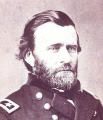





























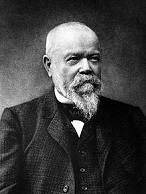








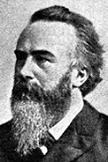



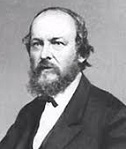
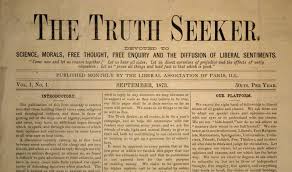
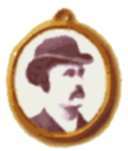


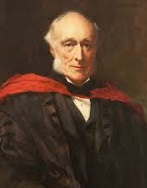


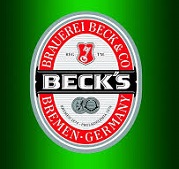
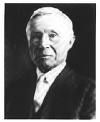
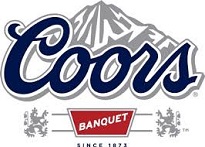
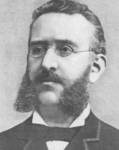
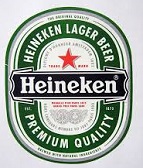
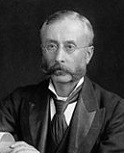
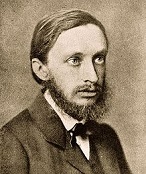




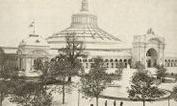

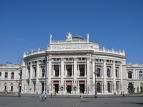




1873 There are 4,131 beer breweries in the U.S. producing 9M barrels/year. On Jan. 4 after the "Out West" newspaper (founded Mar. 23, 1872) folds, the Colorado Springs Gazette begins pub. in Colorado Springs, Colo.; in 1846 it merges with the "Colorado Springs Evening Telegraph" to form the "Colorado Springs Gazette-Telegraph"; it is awarded the Pulitzer Prize in 1990 and 2014; on Nov. 30, 2012 it is acquired by Clarity Media, a subsidiary of the Anschutz Corp., with a circ. of 64K, 2nd largest in Colo. after "The Denver Post". On Jan. 5 after ample rains in 1872 cause Jews to quit buying water from the Arab residents of Shiloach (Silwan), pissing them off, Hungarian-born Talmudic scholar Aaron Hershler (b. 1850) is murdered by Arabs Jerusalem, becoming the first Jewish victim of Arab terrorism in Israel. On Jan. 17 400 U.S. soldiers attack the Modoc stronghold in the lava beds near Tule Lake, Calif. (150 total Modocs, and only 53 warriors), and get their butts kicked, with 35 killed and 25 wounded, while the Modocs suffer no casualties; on Apr. 11 U.S. Gen. Edward Richard Sprigg Canby (b. 1817) is murdered by Modoc Indian leader Captain Jack and his Lt. Ellen's Man during a peace parley, becoming the only U.S. gen. killed in the Indian Wars, pissing-off the federals, who siege their stronghold again on Apr. 15-17, losing seven more killed and 13 wounded, while the only Modoc casualties are two boys who are killed when they attempt to open a dud cannon ball with an axe; on May 10 the Modocs goof and attack the palefaces at Dry Lake, and suffer their first defeat, losing five warriors, incl. Ellen's Man, during which Hooker Jim and other Modocs surrender, then help capture Captain Jack on June 14 in return for amnesty; on Oct. 3, Captain Jack and three other Modoc leaders are hanged in Ft. Klamath, and the remaining 163 Modocs are shipped off as POWs to Okla., ending the Modoc War (begun 1872). On Jan. 22 British steamship SS Northfleet collides and sinks off Dungeness, England, killing 300. On Feb. 12 the U.S. Congress orders the slogan "E Pluribus Unum" (From One, Many) put on all U.S. coins. On Feb. 10 after the Hidalgo Affair causes a radical rev., king (since Nov. 16, 1870) Amadeo I abdicates, and on Feb. 11 the First Spanish Repub. (ends Dec. 29, 1874) is proclaimed by a radical majority in the Cortes, who elect Estanislao Figueras i de Moragas (1819-82) as pres. #1 (until June 11), and on May 10 a new constituent Cortes is elected to write a federal constitution; the Carlists capture several provinces, and Don Carlos attempts an invasion, but fails and cries no harm no foul, still waiting in the wings; meanwhile the repub. goes through five presidentes in 23 mo., and after they attempt to create a 1-party repub. the radicals are kicked out of the Cortes by the repubs. On Mar. 3 Pres. Grant signs the U.S. Act for the Suppression of Trade in, and Circulation of, Obscene Literature and Articles of Immoral Use (Comstock Act); the U.S. postmaster gen. appoints Anthony Comstock (1844-1915) of Brooklyn, N.Y. as a "special agent" with extraordinary J. Edgar Hoover-like powers (the new Oliver Cromwell?), which he uses to prosecute nudity, even nude mannequins in store windows. On Mar. 4 (Tues.) U.S. pres. #18 (since Mar. 4, 1869) Ulysses S. Grant (Hiram Ulysses Grant) (1822-85) is inaugurated for a 2nd term (until Mar. 14, 1877) in Washington, D.C. in the 25th U.S. Pres. Inauguration; Farmington, N.H.-born Henry Wilson (Jeremiah Jones Colbath) (1812-75) becomes the 18th U.S. vice-pres. (until Nov. 22, 1875); 150 canaries prepared to amuse guests at the inauguration ceremony freeze to death in their cages. In Mar. in the closing hours of the 42nd Congress the U.S. Salary Grab Act is passed, giving substantial salary increases to the pres., vice-pres., cabinet members, Supreme Court justices, and members of Congress (retroactive two years for the latter); U.S. Rep. (R-N.Y.) (1861-3, 1869-77) William Almon Wheeler (1819-87) opposes the act, and buys govt. bonds with his dough then has them cancelled; public outrage causes it to be repealed (except for the pres. and justices) next Jan. On Mar. 6 (midnight) the Smuttynose Murders of two Norwegian women, Anethe and Karen Christensen on Smuttynose Island at the Isles of Shoals in Maine is sensationalized by the newspapers, after which German fisherman Louis Wagner is convicted and hanged in 1875 while proclaiming his innocence. On Apr. 13 (Easter Sun.) the Battle of Colfax, La. (Colfax Massacre) (Colfax Riot) in Grant Parish, La. 100 mi. S of Shreveport, between an ersatz white La. militia and blacks trying to benefit from Reconstruction and protect their right, er, hope to vote ends in tragedy for the blacks as 150 are killed vs. only three whites; it is later called the last battle of the U.S. Civil War, ending carpetbagger rule in the South; for the previous three weeks the blacks had taken control of Colfax, getting their own candidate (a white man) elected as sheriff, and taking over the courthouse to protect him, causing whites to raise a militia and attack them with guns and cannons in the bloodiest act of carnage in Reconstruction, followed by the survivors being hanged or shot; meanwhile the U.S. govt. looks the other way, and in on Mar. 27, 1876 the convictions of eight ringleaders under the 1870 U.S. Enforcement Act are overturned by the 5-4 U.S. Supreme (Waite) Court decision in U.S. v. Cruikshank, which rules that the First Amendment right to assembly was not intended to limit the power of state govts. with respect to their own citizens, and that the Second Amendment only restricts the powers of the federal govt., with the soundbyte: "The right to bear arms is not granted by the Constitution; neither is it in any manner dependent upon that instrument for its existence. The Second Amendment means no more than that it shall not be infringed by Congress, and has no other effect than to restrict the powers of the National Government"; a marble obelisk is later erected in the cemetery for "the Heroes... Who Fell in the Colfax Riot Fighting for White Supremacy". On Apr. 14 the U.S. Supreme (Chase) Court by 5-4 decides the Slaughterhouse Cases, caused by the state of La. attempting to regulate the New Orleans butchers, upholding the police power of states and recognizing a state citizenship distinct from U.S. citizenship. In the spring U.S. forces under Gen. George R. Crook (1830-90) campaign against the Apaches, taking many back to the Rez. On May 1 the first U.S. postal card is issued. On May 1-Oct. 31 the 5th World Exhibition in Vienna, Austria features the Rotunde in Prater Park; the motto is "Culture and Education" - the latest in waltz wear and mass strudel technology? On May 7 Adolfo Ballivian (Ballivián) Coll (1831-74) is elected pres. #21 of Boliva (until Feb. 14, 1974) in the first clean election in Bolivian history, and unsuccessfully tries to get the obstructionist congress to beef-up the Bolivian navy to fight Chile. On May 10 Belgian Roman Catholic priest Father Damien (St. Damien of Molokai) (Jozef "Zef" De Veuster) (1840-89) arrives at the leper colony in Molokai, Hawaii in the Kalaupapa Peninsula for a 3-hour tour, er, 3-mo. visit, which turns into 16 years, improving conditions, and ends when he contracts the disease in 1885 and dies, leaving 1.2K patients; in 1884 the Hawaiian Supreme Court declares that having leprosy is not a crime but that it has to be treated as one, and upholds the forced exile policy (ends 1969); in 1886 Trappist monk Father Joseph (Ira Barnes Dutton) (1843-1931) moves to Molokai to be Father Damien's helper. On May 18 with the tacit consent of U.S. secy. of war Belknap, Ranald Mackenzie's 4th Black Cavalry rides into Mexico after the Apaches, whom had destroyed $50M in property, plus many killings and kidnappings; on May 19 they kill 19 Apaches, capture Chief Castillitos, and kill their horses, and then ride back over the border in time to avoid Mexican federales, causing an official Mexican govt. protest (one of 20 between 1866-1916, many mere formalities since they are glad to be rid of them too). On May 22 Mesquite, Tx. near Dallas is founded by a Texas and Pacific Railway engineer, going on to become known as the Rodeo Capital of Tex. On May 24 Louis Adolphe Thiers falls, and French marshal Comte Marie Edme Patrice Maurice de MacMahon, Duke of Magenta (1808-93) is elected pres. #2 of the Third French Repub. (until Jan. 30, 1879). In May the May Laws in Germany restrict the disciplinary powers of the Church, placing the education of clergy under state supervision, with penalties for refusing to cooperate. On July 21 in Iowa the James Gang pulls off the world's first train robbery, of the Rock Island and Pacific Railroad ($3K). Speaking of railroads? The Coinage Act of 1873, AKA the Crime of 1873 takes the U.S. off the bimetallic monetary standard started by Alexander Hamilton in 1792 and puts it on the gold standard; the withdrawal of greenbacks contracts the money supply, just at the wrong time; a financial panic in Vienna in May causes financiers to unload U.S. stocks and bonds; by Sept. 1 25 U.S. railroads, overextended into sparsely settled areas default on their interest payments; the investment banking firm of robber baron Jay Cooke (1821-1905) and co. finances his shoddily-built Northern Pacific Railroad (125 mi. of which goes through Minn. swampland, and which faces opposition from Canada, the Sioux and Sitting Bull) with bonds based on short-term deposits in the hope that a European market would develop, but just then the Vienna panic causes him to go bankrupt on Sept. 18, and the ensuing stampede forces the New York stock market to close for 10 days beginning on Black Friday (Sept. 19), scalping Cooke's investors; on Oct. 1 the Panic of 1873 (ends 1877) sets off a depression that lasts for six years, the worst yet in the U.S., spreading to Latin Am. and Europe, leading to the Long (Great) Depression of 1873-96 (ends spring 1879); most of the bankruptcies owe their money to Chicago creditors; Cooke gives up his mansion and spends the next 30 years living in his daughter's house; meanwhile Canadian-born new kid on the block James Jerome Hill (1838-1916), who holds a monopoly in the Canadian coal business sees his chance and enters the railroad biz, starting with taking over the bankrupt St. Paul and Pacific Railroad, then expanding it into the St. Paul, Minneapolis and Manitoba Railway in 1879, fighting to expand across Minn., Wisc., N.D. and Mont., fighting the U.S. govt. over rights to build on Am. Indian lands while encouraging settlement and industry along his lines, going on to become known as "the Empire Builder of the Northwest"; English bimetallist banker-economist Ernest Julius Seyd (1830-81) is falsely blamed for the Crime of 1873, but his name is cleared in 1893; he was really guilty of taking $100K from the Rothschild-owned Bank of England for bribing Congressmen to demonetize silver? In Aug. English naval cmdr. Verney Lovett Cameron (1844-94), sent by the Royal Geographical Society on a 2nd expedition to relieve David Livingstone (b. 1813) meets his servants bearing his body to the coast, finding he died on May 1; Cameron pushes on and becomes the first European to cross tropical Africa from E to W, finding some of Livingstone's papers, exploring the S half of Lake Tanganyika, and reaching the Atlantic Ocean in Nov. 1875. On Sept. 1 The Truth Seeker is founded by Springfield, N.Y.-born DeRobigne Mortimer "D.M." Bennett (1818-82) in New York City, soon becoming the leading Freethought periodical in the U.S., championing the cause of Thomas Paine and helping launch the Golden Age of Freethought (ends 1914), which smugly champions science and rationality as all that's necessary for civilization to advance out of the Dark Ages of Religion, and begins to dissipate after merely rejecting religion doesn't form a reason to unite in an org., and the horrors of WWI and rise of atheistic Communism freak them out, after which the mag. is taken over by pseudo-scientific white supremacists and anti-Semites. On Sept. 3 James Burne Worson vanishes into thin air while running a race in Warwickshire, England. On Nov. 7 after John Alexander Macdonald gets into a scandal over the transcontinental railroad, Scottish-born Alexander Mackenzie (1822-92) becomes PM #2 of Canada (until Oct. 8, 1878). Don't let your buds down? On Nov. 17 the 1st cent. C.E. Celtic cities of Buda and Obuda on the W bank and pesky Pest on the E bank unite with Margret Island on the Danube River to create the city of Budapest (modern-day pop. 1.75M/3.3M), which becomes the co-capital of the Austro-Hungarian Empire (until 1918). On Nov. 20 the French under Francis Garner (b. 1835) take Hanoi, Vietnam; too bad, on Dec. 21 he is killed in a fight with the Black Flags, and the French sign a treaty then abandon Hanoi. On Nov. 23 White Star liner Atlantic sinks off Nova Scotia, killing 547. On Nov. 23 French liner Ville du Havre en route from New York City to Havre, France collides with the ship Lochearn and sinks in 16 min., killing 110. On Nov. 25 after Paraguay and Uruguay sign a peace treaty, Juan Bautista Gill (1840-77) becomes pres. of Paraguay (until Apr. 12, 1877). In Nov. Horace Vosa of R.I. selects "with the utmost care" the "noblest gobbler in that little state" for Pres. Grant's Thanksgiving dinner, and continues doing ditto for more than 25 years; in 1947 the Nat. Turkey Federation becomes the official pres. turkey supplier. In Nov. the monthly children's St. Nicholas Mag. is founded by Scribner's (until 1943), with Mary Mapes Dodge as ed. #1 (until 1905), going on to feature top writers incl. Louisa May Alcott, Frances Hodgson Burnett, Joel Chandler Harris, and Mark Twain; the St. Nicholas League is founded to award the best work submitted by juvenile readers, with winners incl. Stephen Vincent Benet, Rachel Carson, William Faulkner, F. Scott Fitzgerald, Edna St. Vincent Millay, and E.B. White; future conservationist Marjory Stoneman Douglas pub. the story "An Early Morning Paddle", which is awarded a prize by the Boston Herald. British PM Gladstone is defeated on a bill to reorganize the Irish system of higher education, the last of his three measures for pacifying Ireland; he resigns, but Conservative Party leader Benjamin Disraeli refuses to take office until an election is held; Gladstone resumes office, but each day his ministry gets more discredited, forcing him to dissolve his cabinet and schedule an election for next year. The Germans evacuate France. Russia captures Khiva. P.E.I. joins the Canadian Confederation. The Three Emperors League (Three Caesars' Alliance) (Dreikaiserabkommen) between Germany, Austria-Hungary, and Russia ends 1875) is established in Berlin to maintain the status quo in Eastern Europe by keeping down the Poles and other ethnic groups, isolating France, and split the Balks between Austria in the W and Russia in the East; it is secretly revied in 1881. King Chulalongkorn (Rama V the Great) (1853-1910) ascends the throne of Siam, and immediately abolishes prostration in front of the king. Taewon-gun of Korea is forced to give up his authority after his foreigner exclusion policy is deemed a failure, and his son King Kojong begins ruling (until 1907), although his daddy retains influence until his death in 1898. Cuban rev. leader Calixto Garcia Iniguez is captured and taken as a POW to Spain (until 1878). The Aceh (Dutch) (Infidel) War between the Muslim sultanate of Aceh and the Christian Netherlands begins (ends 1913). The Third British-Ashanti (Anglo-Ashanti) War (ends 1874) in Ghana N of the Gold Coast Colony begins after the British fail to give up a fugitive Ashanti slave until the Ashanti give up a kidnapped German missionary family and Swiss missionary, and they use the excuse to attack their traditional Fanti enemies on the coast, crossing the Pra River with 2K-60K warriors under King Kofi Karikari, causing the British to send an army of 4K men. The Swiss govt. balks at efforts to proclaim papal infallibility, and calls on the clergy to break off relations with the bishop in Berne, fining and imprisoning them when they refuse, then demands the right to appoint new clergy; a law is passed in Geneva secularizing schools and providing for popular election for clergy, although this all drives the Roman Catholic pop. into supporting the Church more. Nasser ed-Din Shah becomes the first Persian shah to visit Europe, being awarded the Order of the Garter by Queen Victoria, a Persian first; at the Royal Albert Hall he sits between the Princess of Wales and her sister the tsetsarevna of Russia, and gropes them; he returns in 1878 to see a Royal Navy Fleet review, then one more time in 1889, returning amazed with Western technology. Slave markets and slave exports are abolished in Zanzibar. Slavery is abolished in Puerto Rico. An influenza epidemic begins in North America and Europe (ends 1875). There is a famine in Bengal. The Women's Crusade of 1873-4 against saloons and liquor traffic begins. Japan adopts the 1582 Gregorian Calendar, and in July begins the Land Tax Reform (ends 1881), drafted by prince Matsukata Masayoshi (1835-1924), making taxes payable in money instead of rice et al. Germany adopts the German Goldmark as its unit of currency (until 1914) - Matthew, Luke and John were taken? The city of El Paso (del Norte) in W Texas on the Rio Grande River (modern-day pop. 600K/1.2M) is incorporated. The city of Fort Worth, Tex. on the Trinity River (modern-day pop. 400K/800K), founded in 1849 as a military camp and named after U.S. gen. William Jenkins Worth (1794-1849) is incorporated, becoming known as a cattle drive terminus. The Mea Shearim neighborhood in Jerusalem is built by ultra-orthodox Haredi (Charedi) Jews (finished 1875). The Tule River Reservation is established for what's left of the Yokut Indians (Yokuts), which were decimated in an 1833 malaria epidemic then displaced by the 1849 Calif. Gold Rush. The Florentines move Michelangelo's dangly 1504 statue of David indoors to the Galleria dell'Accademia for protection, putting a copy in its place in the Palazzo Vecchio. 23-y.-o. Eugene Field (1850-95) becomes a reporter on the St. Louis Evening Journal. Robert Nobel discovers oil in Baku near the Caspian Sea. Austrian explorers Julius Payer (1841-1915) and Karl Weyprecht (1838-81) discover Franz Josef Land in the Arctic Ocean E of Spitsbergen; the expedition goes from 1871-4. The New York Daily Graphic sponsors the first transatlantic balloon flight with a 400K cu. ft. balloon carrying a lifeboat; unfortunately the bag rips during inflation and the project is scrapped. Gen. William Tecumseh Sherman writes a Letter on the Indian Question. The U.S. Nat. Aquarium in Woods Hole, Mass. opens under the Federal Fish Commission, becoming the first free public aquarium in the U.S.; in 1878 it moves to the Washington Monument in Washington, D.C., hosting holding ponds called Babcock Lakes, moving in the 1880s to a new bldg. called Central Station near the Fish Commission HQ on the site of the modern-day Nat. Air and Space Museum; in 1903 the U.S. Dept. of Commerce absorbs the Fish Commission as the Bureau of Fisheries, moving to the new Commerce Dept. Bldg. in 1932; in 1940 the Bureau of Fisheries is incorporated into the U.S. Fish and Wildlife Service of the Dept. of the Interior; it closes on Sept. 30, 2013 after becoming the longest continuously-operating aquarium in the U.S. The first department store opens in Chicago. Grasshoppers first become a serious pest in the Am. West. The Washington navel orange is introduced into Calif. from trees from Brazil. Aberdeen-Angus bulls are imported to the U.S. from Scotland by George Grant (1822-78) of Britain, who settles in Victoria, Kan., purchasing 10K acres from the Kansas Pacific Railroad. The First Internat. Meteorological Conference is held in Brussels. English philologist Walter William Skeat (1835-1912) founds the English Dialect Society (until 1896). Graziadio Isaia Ascoli (1829-1907) founds the linguistic periodical Archivio Glottologico Italiano, in which he expounds his "substratum theory" of Romance languages that the vestigial accents of languages spoken in Gaul, Iberia, and Dacia are responsible for the phonetic divergences between Latin and the Romance languages. British engineer Joseph Hobson Jagger (Jaggers) (1830-92) becomes the first man to break the bank at Monte Carlo, leaving with £65K in winnings from roulette; in 1891 Charles Wells (1841-1926) also wins handsomely, inspring the 1892 Fred Gilbert song "The Man Who Broke the Bank at Monte Carlo"; Rolling Stones singer Mick Jagger is a distant relative of Joseph Jagger? Beck's Brewery (Brauerei Beck) (originally founded in 1553) is founded in Bremen, Germany, becoming the 4th largest brewery in Germany; in 2001 it is acquired by Interbrew for 1.8B euros; in 2008 it is acquired by Anheuser-Busch InBev; in 2012 a manufacturing plant is opened in St. Louis, Mo. After fleeing Germany's military draft in 1868 as a ship stowaway, Prussian orphan Adolph Coors Sr. (1847-1929) works his way to Denver, Colo. and founds the Coors Brewing Co. in the nearby foothills town of Golden on the banks of Clear Creek, with the ad slogans "Brewed with pure Rocky Mountain spring water", and "The banquet beer" - before the hippie era fills the creek with you know what? Ater buying the Haystack Brewery in Amsterdam, Netherlands in 1864, Heineken Brewery is founded in Rotterdam by Gerard Adriaan Heineken (1841-93) to produce lager (pilsner) beer using a special bottom-fermenting yeast developed by Dr. Elion, a student of Louis Pasteur; in 1875 it wins the gold medal at the Internat. Maritime Exposition in Paris, after which they become the biggest beer exporter to France; after the end of Prohibition in 1933, it becomes the first Euro beer to be imported to the U.S. The U.S. passes a law mandating that the bald eagle must appear on the reverse of all U.S. coins greater than 10 cents. U.S. Treasury Dept. clerk John Burroughs (1837-1921) retires to a farm near Esopus, N.Y. and becomes a naturalist, traveling and writing about the birds and bees. Swiss legal scholar Johann Kaspar Bluntschli (1808-81) et al. found the Inst. of Internat. Law in Ghent. English artist Simeon Solomon (1840-1905) is arrested for sodomy in a public urinal,and ends up dying in St. Giles' Workhouse in London. The weekly scientific mag. La Nature is founded by French balloonist Gaston Tissandier (ed. until 1896). The gunmaking firm of E. Remington & Sons begins to produce Sholes and Glidden typewriters using the QWERTY keyboard arrangement of Christopher Sholes; they still print on the reverse side of the paper. The Carl Rosa Opera Co. is founded in England by German-born impresario Carl August Nicholas Rosa (Nikolaus Rose) (1842-89) and his Scottish-born wife Madame Euphrosyne Parepa-Rosa (1836-74). Czech Opera House dir. (since 1866) Bedrich Smetana (1824-84) resigns because of sudden deafness, but keeps on a composin'. The Epiphone Co. is founded in Smyrna (Izmir), Turkey by Anastasios Stathopoulos (-1915) to make fiddles and lutes, moving to the U.S. in 1903, making banjos in the 1920s, follows by guitars in 1928; in 1951 they move from New York City to Philly; in 1957 they are acquired by their main rival Gibson of Kalamazoo, Mich.; the Epiphone Casino guitar is made famous by the Beatles. Texas Christian U. (TCU) (originally the AddRan Male & Female College) in Ft. Worth, Tex. is founded by Addison Clark and Randolph Clark; sports teams are nicknamed the Horned Frogs. After the Methodist Episcopal Church South talks him into it, Vanderbilt U. in Nashville, Tenn. is founded with a $1M endowment by shipping magnate "Commodore" Cornelius Vanderbilt (1794-1877) as a way to heal the wounds of the U.S. Civil War, even though he had never been to the South. Sports: On May 23 the first Preakness States at Pimlico Racecourse in Baltimore, Md. for 3-year-olds is run, with a purse of $15K; the winner is Survivor (1870-) by 10 lengths, which is not bested until 2004 by Smarty Jones (11.5 lengths). U.S. football clubs adopt the uniform Harvard Rules. The first modern cricket county championships are held. The Royal Montreal Club, the first permanent golf club in North Am. is founded in Canada. The sport of Badminton, played by British army officers in Poona, India is first played in England at the Badminton House of the Duke of Beaufort; in 1877 the Bath Badminton Club creates the first official set of rules. Architecture: The Natural History Museum in Kensington, London, designed by Victorian Gothic revival architect Alfred Waterhouse (1830-1905) is begun (finished 1881), featuring an ornate terracotta facade. The Severn Tunnel in England, the longest mainline railway tunnel in Britain is begun (finished 1886). Alexandra Palace ("Ally Pally") in Muswell Hill, Haringey, England is built by Princess Alexandra of Wales as a "pleasure palace of the people"; too bad, it burns down two weeks after opening, and is rebuilt in 1875, then burns down again in 1980, becoming the location of the Two Minutes Hate rallies in the 1984 film "1984". German architect Gottfried Semper (1803-79) designs the new Burgtheater in Vienna (originally founded in 1776) (finished 1888). The Weltausstellung Wien (Vienna World's Fair) in Austria attempts to showcase the Hapsburg haven as a world power, with a large Rotunde (Rotunda) in Prater Park. Richard Morris Hunt designs the Tribune Bldg. (1873-6) in New York City. The lofty red brick Eastern Market, designed by German-born architect Adolf Cluss (1825-1905) (city engineer of Washington, D.C. since 1872, and a personal friend of Karl Marx, stick that up your conspiracy theory) is built several blocks E of the U.S. Capitol, going on to survive to modern times as a farmer's market in a world of supermarkets; on Apr. 30, 2007 a fire causes $30M in damage, and funds are immediately raised to restore it. Inventions: French statistician Alphonse Bertillon (1853-1914) invents the Bertillon System for scientific ID of criminals using anthropometric measurements and personal characteristics: body (standing/sitting height, reach), head (length and width of head and right ear), and limbs (length of left foot, left middle finger, left little finger, left forearm); the U.S. begins using it in 1887; fingerprinting later supersedes it. French-born milling engineer Edmund La Croix of Northfield, Minn. patents a middlings purifier to remove bran from wheat flour using vibrating screens and air currents - white is right but not very nutritious? Elisha Gray (1835-1901) of Chicago, Ill. invents a telephone that works over short distances, and loses out on patenting the telephone by hours to Alexander Graham Bell, then loses a U.S. Supreme Court case over it, but goes on to build up the Western Electric Co., founded in 1872 with Western Union backing; in 2007 Seth Shulman pub. The Telephone Gambit: Chasing Alexander Graham Bell's Secret, which claims that Bell secretly copied part of Gray's invention, and that the patent office goofed up - every great fortune is built upon a great crime? Belgian engineer Zenobe Theophile (Zénobe Théophile) Gramme (1826-1901) and Hippolyte (Francois-Hypolite) Fontaine (1833-1910) invent the Gramme Machine, becoming the first commercially useful electric motor, utilizing a ring armature with multiple overlapped coils and multiple commutator contacts; after Fontaine accidentally discovers that the motor is reversible, the first Electric Alternator is created, transmitting electricity 2 km via copper wires. Am. teenager Chester Greenwood (1858-1937) of Farmington, Maine invents ear muffs, going on to clean up selling them to the U.S. Army in WWI. Former Confed. army Maj. Eli Hamilton Janney (1831-1912) patents the Janney Knuckle Coupler (U.S. Patent #138,405) for railroad cars on Apr. 29, becoming the 2nd most important safety invention for railroads after the Westinghouse Air Brake. Thaddeus Sobieski Constantine Lowe (1832-1913) of the U.S. invents the Water Gas Process, which creates large amounts of hydrogen gas for clean heating by passing steam over hot coal. English-born pharmacist Charles Henry Phillips (1820-82) of Stamford, Conn. patents Phillips' Milk of Magnesia (magnesium hydroxide), and begins marketing it in blue bottles in 1880 (until 1976), becoming the first commercial liquid laxative; "Take MOM in the PM for BM (bowel movement) in the AM"; good antacid too, if you don't mind the side effects? Thomas L. Rankin of Dallas, Tex. develops the first refrigerated rail car for shipping beef; meanwhile David Boyle of Jefferson, Tex. develops the first ammonia compression refrigeration plant. Modern riveted denim jeans are patented by Levi Strauss (1829-1902), a German Jew who immigrated to the U.S. in 1847 during the Calif. Gold Rush; denim and indigo originally came from India; he hates the word "jeans" and his co. doesn't use it until 58 years after his death? Robert William Thomson (1822-73) patents the wire-spring mattress, invented on his deathbed - which wasn't well-sprung? The Winchester Model 73 repeating rifle begins production, becoming known as "the Gun that Won the American West". British (Welsh) Maj. Walter Clopton Wingfield (1833-1912) introduces the game of Lawn Tennis at a garden party under the name Sphairistike, and patents it in Feb. 1874. Color photographs are first developed by ?. Science: Swiss-born Louis Agassiz (b. 1807) holds the first summer school on zoology on Penikese Island in Buzzards Bay, Mass., then dies on Dec. 14 in naturalist glory, and his son (by his 1st wife) Alexander Agassiz (1835-1910) becomes curator of the Museum of Comparative Zoology at Harvard U. (until 1885) - on top of two trillion tons of Puritan poo? Georg Cantor proves that the rational numbers are countable (can be put into 1-1 correspondence with the natural numbers), and that the real numbers are not - that would make them unreal, or does real mean not natural? Scottish neurologist Sir David Ferrier (1843-1928) begins experimenting with electrical stimulation of the cerebral cortex of animals, discovering a map for motor functions. French mathematician Charles Hermite (1822-1901) proves that e is transcendental, i.e., not a root of any algebraic equation with rational coefficients. In the winter of 1873-4 German Egyptologist Georg Moritz Ebers (1837-98) discovers the Ebers Papyrus in Luxor (Thebes), a medical manual dated 1550 B.C.E., the 2nd oldest medical document to survive to modern times after the Edwin Smith Papyrus of 1600 B.C.E. German biologist Ernst Haeckel (1834-1919) makes his quick-mention-for-people-who-think-divorce-is-a-good-option Embryo Drawings, which seem to offer astounding proof of Darwinian evolution, for which he coins the cool phrase "ontogeny recapitulates phylogeny"; he later admits to fabricating some of them, but who cares, they're good? G.A. Hansen of Norway discovers the leprosy (Hansen's Disease) bacillus Mycobacterium leprae. Am. physician Reuben Saunders (1808-91) of Paducah, Ky. discovers that hypodermically-injected morphine-atropine halts cholera. On May 27 German ancient Greece freak archeologist Heinrich Schliemann (1822-90) claims to have dug up Priam's Treasure (Jewels of Helen), part of the remains of ancient Troy, which he had been excavating since 1870 in an effort to prove that it isn't a legend; too bad, after pub. the discovery in 1874, the Turkish govt. accuses him of smuggling, revoking his permission to dig until 1876, after which he returns in 1878-9, attempting to find the location of fabled Ithaca of Homer's "Odyssey", then returns to Troy in 1882-3 and 1888-90. The value of pi is computed to 707 decimal places by William Shanks (1812-82) sans digital computers; too bad, it is only correct to 527 decimal places. Dutch physicist Johannes van der Waals (1837-1923) pub. the Van der Waals Equation of State for imperfect gases. After being inspired by Heinrich Schliemann, Jersey-born Am. photographer Augustus Le Plongeon (1825-1908) travels to Yucatan, photographing ruins and theorizing that the Mayan civilization is ancestral to Ancient Egypt, becoming a favorite of Madame Helena Blavatsky and Ignatius Donnelly. Nonfiction: Matthew Arnold (1822-98), Literature and Dogma: An Essay Towards a Better Apprehension of the Bible; "It is clear that dogmatists love religion; for else why do they occupy themselves with it so much, and make it, most of them, the business, even the professional business, of their lives? And clearly religion seeks man's salvation. How distressing, therefore, must it be to them, to think that 'salvation is unquestionably annexed to a right knowledge of the Godhead,' and that a right knowledge of the Godhead depends upon reasoning, for which so many people have not much aptitude; and upon reasoning from ideas or terms such as substance, identity, causation, design, about which there is endless disagreement! It is true, a right knowledge of geometry also depends upon reasoning, and many people never get it; but then, in the first place, salvation is not annexed to a right knowledge of geometry; and in the second, the ideas or terms such as point, line, angle, from which we reason in geometry, are terms about which there is no ambiguity or disagreement. But as to the demonstrations and terms of theology we cannot comfort ourselves in this manner. How must this thought mar the Archbishop of York's enjoyment of such a solemnity as that in which, to uphold and renovate religion, he lectured lately to Lord Harrowby, Dean Payne Smith, and other kindred souls, upon the theory of causation! And what a consolation to us, who are so perpetually being taunted with our known inaptitude for abstruse reasoning, if we can find that for this great concern of religion, at any rate, abstruse reasoning does not seem to be the appointed help; and that as good or better a help, - for indeed there can hardly, to judge by the present state of things, be a worse, - may be something which is in an ordinary man's power! " Walter Bagehot (1826-77), Lombard Street; the world of British banking. Louis Blanc (1811-82), Questions of Today and Tomorrow (1873-4). Robert Williams Buchanan (1841-1901), Master Spirits. John Elliott Cairnes (1823-75), Political Essays; criticizes the view of Frederic Bastiat; Essays in Political Economy, Theoretical and Applied; incl. "Essays on the Gold Question". Jean Charcot, Lecons sur les Maladies du Systeme Nerveux. Charles Darwin (1809-82), The Expression of the Emotions in Man and Animals. Donato Donati (1880-, Vita, Morte, e Miracoli di Mahometo (Life, Death and Miracles of Muhammad); first Western attempt to question the Muslim canonical version of his life. Baron Kolmar von der Goltz (1843-1916), Die Sieben Tage von Le Mans. Paul Heyse (1830-1914), Kinder der Welt (Children of the World). Jules Gouffe (1807-77), Le Livre de Pâtisserie : Ouvrage contenant 10 planches chromolithographiques et 137 gravures sur bois d'après les peintures à l'huile et les dessins de E. Ronjat. Hermann Eduard von Holst (1841-1904), Constitutional and Political History of the United States (5 vols.) (1873-91); covers 1783-1861 from an anti-slavery POV. Mark Hopkins (1802-87), An Outline Study of Man. Henry Houssaye (1848-1911), History of Alcibiades of the Athenian Republic from the Death of Pericles to the Advent of the 30 Tyrants. Edward Liveing (1832-1919), pub. On Megrim; about the clinical treatment of migraines, along with his theory of its pathogenesis; a big hit, making fans of Oliver Wolf Sacks et al. James Clerk Maxwell (1831-79), Treatise on Electricity and Magnetism. John Stuart Mill (1806-73), Autobiography. Alexander Stuart Murray (1841-1904), Manual of Mythology. Walter Pater (1839-94), Studies in the History of the Renaissance. Ernest Renan (1823-92), L'Antechrist (The Antichrist). Edward Payson Roe (1838-88), What Can She Do? Herbert Spencer (1820-1903), The Study of Sociology. Philipp Spitta (1841-94), Johann Sebastian Bach (1873-80) (Leipzig); contains the first major study of 17th cent. early Baroque German choral and keyboard music. Sir Leslie Stephen (1832-1904), Essays on Free Thinking and Plain Speaking. Sir Charles Wyville Thomson (1830-82), The Depths of the Sea; the results of three deep sea dredging expeditions in 1868-70, which find evidence of life down there. John Tyndall (1820-93), Further Researches on the Absorption and Radiation of Heat by Gaseous Matter (1862) (Contributions to Molecular Physics in the Domain of Radiant Heat); "As a dam built across the river causes a local deepening of the stream, so our atmosphere, thrown as a barrier across the terrestrial rays produces a local heightening of the temperature of the Earth's surface." Elizur Wright (1804-85), The Politics and Mysteries of Life Insurance. Music: Georges Bizet (1838-75), Patrie (overture). Johannes Brahms (1833-97), Variations on A Theme by Haydn. Anton Bruckner (1824-96), Symphony No. 2 (Vienna). Leo Delibes (1836-91), Le Roi l'a Dit (opera) (Paris). Hermann Goetz (1840-76), Symphony in F major (Op. 9); makes a fan of George Bernard Shaw. Antonin Dvorak (1841-1904), Hymnus (cantata); his first hit. Eben Rexford and Hart P. Danks, Silver Threads Among the Gold (song). Nikolai Rimsky-Korsakov (1844-1908), Ivan the Terrible (opera) (St. Petersburg). Peter Tchaikovsky (1840-93), Symphony No. 2 (Moscow). Art: Paul Cezanne (1839-1906), The Straw Hat. Jean-Baptiste-Camille Corot (1796-1875), Souvenir d'Italie. Frank Duveneck, Lady with Fan. Jean-Leon Gerome (1824-1904), L'Eminence Grise. George Innes (1825-94), The Monk. Edouard Manet (1832-83), Le Bon Bock. John Everett Millais (1829-96), The Northwest Passage. Claude Monet (1840-1926), The Seine at Argenteuil (Vanilla Sky); one of a bunch of Nature scenes of Argenteuil, France in the NW surburbs of Paris. Berthe Morisot (1841-95), The Cradle. Mihaly Munkacsy (1844-1900), Woman Gathering Brushwood. Pal Szinyei-Merse (1845-1920), The Bath House; wins medal at 1873 Vienna World's Fair. Plays: Alexandre Dumas fils (1824-95), Monsieur Alphonse. Sir William Gilbert (1836-1911) and Gilbert a Beckett, The Happy Land (comedy). Henrik Ibsen (1828-1906), Emperor and Galilean; his longest play, about Julian the Apostate. Charles Marie Leconde de Lisle, Les Erinnyes (verse tragedy). Catulle Mendes (1841-1909), Les Freres d'Armes (drama). Alexander Ostrovsky (1823-86), The Snow Maiden. Jean Richepin (1849-1926) and Andre Gill (1840-85), L'Etoile. Arthur Rimbaud (1854-91), Une Saison en Enfer. Stephen Toldy, New Men (comedy). Poetry: Robert Browning (1812-89), Red Cotton Night-Cap Country, or, Turf and Towers; based on the suicide of jewelery heir Antoine Mellerio. Charles Cros (1842-88), Le Coffret de Santal; Plainte. Henry Austin Dobson (1840-1921), Vignettes in Rhyme. George Eliot (1819-80), Stradivarius. Sir William Schwenck Gilbert (1836-1911), More Bab Ballads. Dorothy Greenwell (1821-82), Songs of Salvation. Joaquin Miller (1839-1913), Songs of the Sunlands; by "the Byron of the Rockies"; pub. while living in England. Arthur Rimbaud (1854-91), Une Saison en Enfer (A Season in Hell). Bayard Taylor (1825-78), Lars: A Pastoral of Norway. Henry Timrod (1828-67), Poems (posth.) (ed. Paul Hamilton Hayne); finest from the Poet Laureate of the Confederacy, incl. Ode Sung on the Occasion of Decorating the Graves of the Confederate Dead at Magnolia Cemetery, Charleston; "Sleep sweetly in your humble graves, --/ Sleep, martyrs of a fallen cause!/ Though yet no marble column craves the pilgrim here to pause"; Bob Dylan samples him for his 2006 album "Modern Times". Novels: Louisa May Alcott (1832-88), Work. Thomas Bailey Aldrich (1836-1907), Marjory Daw and Other People (short stories). Walter Besant (1836-1901) and James Rice (1843-82), My Little Girl (3 vols.). Mary Elizabeth Braddon (1837-1915), Publicans and Sinners. Bankim Chatterjee (1838-94), The Poison Tree: A Tale of Hindu Life in Bengal. Wilkie Collins (1824-89), Miss or Mrs.?; The New Magdalen. Alphonse Daudet (1840-97), Adventures Prodigieuses de Tartarin de Tarascon; first of the Tartarin Trilogy, about a braggart from Provence); Fromont Jeune et Risler Aine (Ainé). Ludovic Halevy (1834-1908), Monsieur et Madame Cardinal. Thomas Hardy (1840-1928), A Pair of Blue Eyes. Bret Harte (1836-1902), Mrs. Skagg's Husbands and Other Stories. Maurus Jokai (1825-1904), Black Diamonds. Nikolai Leskov (1831-95), The Enchanted Wanderer; The Sealed Angel. Leopold von Sacher-Masoch (1836-96), Female Sultan; Die Messalinen Wiens (The Messalinas of Vienna); Russian Court Stories (4 vols.) (1873-4); Viennese Court Stories (2 vols.) (1873-7). Conrad Ferdinand Meyer (1825-98), The Amulet; the St. Bartholomew's Day Massacre in France. George Sand (1804-76), A Grandmother's Tales (2 vols.) (1873, 1876). Anthony Trollope (1815-82), The Eustace Diamonds; baronet's widow Lizzie Eustace fakes a burglary, commits perjury, suffers a real burglary, and is hopelessly embarrassed when her case comes to court. Mark Twain (1835-1910) (first novel) and Charles Dudley Warner (1829-1900), The Gilded Age: A Tale of Today; frontierswoman Laura Hawkins accepts an invitation from Sen. Dilworthy to Washington, D.C., and poses as an heiress, conquering the town and working with him to push over a sleazy Tenn. land bill to build a univ. for emancipated slaves; only her friend Philip Sterling is disgusted by Washington, calling it "the maddest Vanity Fair one could conceive", and a "feverish, unhealthy atmosphere in which lunacy would be easily developed"; satirizes the greed, materialism, corruption, and vulgarity of the post-Civil War U.S. society, and the title gets applied to the entire decade all the way to the McKinley admin. Jules Verne (1828-1905), Around the World in Eighty Days (Jan. 30); a whist game at the Reform Club of London on Oct. 2, 1872 leads to a £20K wager, followed by a trip by airgonaut Phileas Fogg and his French valet Passepartout and a Gladstone bag filled with money from London to Suez, India (Bombay, Calcutta) (during which they rescue Aouda from the funeral pyre of her dead hubby), Hong Kong, Yokohama, San Francisco, New York City, and back to London, all while being chased by the London bobby Fix, who believes they robbed the Bank of England for £55K, and arrests them after they arrive in London 5 min. late, after which they discover that they gained a day, and get out just in time to win; "The unforseen does not exist." Lew Wallace (1827-1905), The Fair God; claims to be a ms. from the time of Cortes written to HRE Charles V. Births: French Carmelite nun ("the Little Flower") (St.) Therese (Thérèse) of Liseux (the Child Jesus and the Holy Face) (Marie Françoise-Thérèse Martin) (d. 1897) on Jan. 2 in Alencon, Orne; feast day: Oct. 1/3. French poet-writer Charles Peguy (Péguy) (d. 1914) on Jan. 7 in Orleans. Am. movie mogul (Jewish) (founder of Paramount Pictures) Adolph Zukor (Cukor) (d. 1976) on Jan. 7 in Ricse, Hungary; emigrates to the U.S. in 1889. Romanian politician Iuliu (Julius) Maniu (d. 1953) on Jan. 8 in Badacin. Russian #1 Zionist poet Chaim (Hayyim) Nachman (Nahman) Bialik (Byalik) (d. 1934) on Jan. 9 in Radia, Volhynia Province, Ukraine; educated at the Volozhin Yeshivah; helps revive Hebrew as a living language. Am. politician-diplomat-banker Dwight Whitney Morrow (d. 1931) on Jan. 11 in Huntington, W. Va.; educated at Amherst College, and Columbia U.; husband of Elizabeth Cutter Morrow (1873-1955). Greek Olympic marathoner Spiridon (Spyridon) "Spiros" Louis (d. 1940) on Jan. 12 in Marousi (N Athens); father sells mineral water. Danish novelist-poet ("Father of Danish Modernism") ("the Danish Rudyard Kipling") Johannes Wilhelm Jensen (d. 1950) on Jan. 20 in Farso, Jutland; educated at the U. of Copenhagen; brother of Thit Jensen (1876-1957). Spanish playwright Joaquin Alvarez Quintero (d. 1944) on Jan. 20 in Andalusia; brother of Serafin Alvarez Quintero (1871-1938). French "Claudine", "Gigi" novelist-journalist-actress (bi) Colette (Sidonie-Gabrielle Colette) (d. 1954) (AKA Willy) on Jan. 28 in St.-Sauveur-en-Puisaye, Yonne, Burgundy; wife (1893-19010 of Henry "Willy" Gauthier-Villars (1859-1931). Italian naval officer and explorer Prince Luigi Amedeo Giuseppe Maria Ferdinando Francesco, Prince of Savoy-Aosta, Duke of the Abruzzi (d. 1933) on Jan. 29 in Madrid. Am. New York City mayor #98 (1933) John Patrick O'Brien (d. 1951) on Feb. 1 in Mass.; Irish Roman Catholic immigrant parents; educated at Georgetown U. Austrian "Madame Pompadour", "The Dollar Princess" operetta composer Leopold "Leo" Fall (d. 1925) on Feb. 2 in Olmutz (Olomouc); son of Moritz Fall (1848-1922). German foreign affairs minister (1932-8) Konstantin Freiherr von Neurath (d. 1956) on Feb. 2 in Vaihingen an der Enz, Wurttemberg. Am. "The Poor Little Rich Girl" film dir.-writer Maurice Tourneur (Thomas) (d. 1961) on Feb. 2 in Paris, France; father of Jacques Tourneur (1904-77); becomes U.S. citizen in 1921. Am. dir.-producer-writer Arthur Douglas Hotaling (d. 1938) on Feb. 3 in New York City; husband (1902) of Mae Hotely (1872-1954). English WWI British Air Staff chief ("Father of the RAF") Marshal Sir Hugh Montague "the Camel" "Boom" Trenchard, 1st Viscount Trenchard (d. 1956) on Feb. 3 in Taunton. Am. "The Old Rugged Cross" hymnodist (Methodist) George Bennard (d. 1958) on Feb. 4 in Youngstown, Ohio; gorws up in Iowa. English Crabbet Arabian stud horse breeder Judith Anne Dorothea Blunt-Lytton, 16th Baroness Wentworth (d. 1957) on Feb. 6; daughter of Wilfred Scawen Blunt (1840-1922) and Lady Anne Blunt, 15th baroness Wentworth (1837-1917). English RMS Titanic shipbuilder Thomas Andrews Jr. (d. 1912) on Feb. 7 in Comber, County Down, Ireland. Am. paleontologist ("Mr. Bones") Barnum Brown (d. 1963) on Feb. 12 in Carbondale, Kan.; named after P.T. Barnum. Russian #1 bass singer Feodor Ivanovich Chaliapin (d. 1938) on Feb. 13 (Feb. 1 Old Style) in Kazan; father of Feodor Chaliapin Jr. (1905-92) and Boris Chaliapin (1904-79). Am. baseball player George A. "Tuck" Turner (d. 1945) on Feb. 13 in New Brighton, Staten Island, N.Y. Swedish-German chemist Hans Karl August Simon von Euler-Chelpin (d. 1964) on Feb. 15 in Augsburg, Bavaria. Am. Holy City, Calif. white supremacist cult leader William Edward Riker (d. 1969) on Feb. 17. Italian #1 operatic tenor Enrico (Errico) Caruso (d. 1921) on Feb. 27 in Naples. British politician John Allsebrook Simon, 1st Viscount Simon (d. 1954) on Feb. 28; educated at Wadham College, Oxford U.; created viscountin 1940; goes from Liberal to Liberal Nat. to Conservative. Am. labor leader AFL pres. (1924-52) William Green (d. 1952) on Mar. 3 in Coshocton, Ohio; Welsh immigrant parents. Am. publiisher Edward King "E.K." Gaylord (d. 1974) on Ma. 5 in Kan.; educated at Colorado College. German "Der Fall Maurizius" novelist (Jewish) Jakob Wassermann (d. 1934) on Mar. 10 in Furth. Am. Hollywood studio pioneer David Horsley (d. 1933) on Mar. 11 in West Stanley, Durham; emigrates to the U.S. in 1884; father of David Stanley Horsley (1906-76). Am. "The New Democracy" Progressive leader (nationalist) Walter Edward Weyl (d. 1919) on Mar. 11 in Philadelphia, Penn.; educated at Wharton School, U. of Halle, U. of Paris, and U. of Berlin. Am. "The Saga of Andy Burnett" novelist-spiritualist Stewart Edward White (d. 1946) on Mar. 12 in Grand Rapids, Mich.; brother of Gilbert White (1877-1939) and Roderick White; educated at the U. of Mich.; husband of Elizabeth Grant "Betty" White. Canadian-Am. landscape painter Ernest Lawson (d. 1939) on Mar. 22 in Halifax, Novia Scotia; known for his snow scenes. English "Captain Hook" actor-mgr. Sir Gerald Hubert Edward Busson du Maurier (d. 1934) on Mar. 26 in Hampstead, London; educated at Harrow School; son of "Trilby" author George du Maurier (1834-96); brother of Sylvia Llewelyn Davies (1866-1910); father of "Rebecca" author Daphne du Maurier (1907-89); knighted in 1922. Am. publisher Conde (Condé) Nast (d. 1942) on Mar. 26 in New York City; German descent father, French descent mother; educated at Georgetown U., and Washington U. in St. ouis. Italian tensor calculus mathematician Tullio Levi-Civita (d. 1941) on Mar. 29 in Padua; educated at the U. of Padua; student of Gregorio Ricci-Curbastro (1853-1925). Russian Romantic pianist-composer Sergei Wassilievich (Vasilyevich) Rachmaninoff (d. 1943) on Apr. 1 (Mar. 20 Old Style) in Oneg Estate, Semyonovo (near Novgorod) - no fool? French art historian Jacques Elie Faure (d. 1937) on Apr. 4 in Sainte-Foy-la-Grande. Am. baseball player-mgr. (New York Giants, 1902-32) John Joseph "Little Napoleon" "Muggsy" McGraw (d. 1934) on Apr. 7 in Truxton, N.Y.; known for tripping up base runners while the umpire is distracted, causing additional umps to be added to the game. Finnish pres. #4 (1937-40) Kyosti (Kyösti) Kallio (d. 1940) on Apr. 10 in Ylivieska. U.S. Dem. politician-diplomat John William Davis (d. 1955) on Apr. 13 in Clarksburg, W. Va.; educated at Washington and Lee U. Am. economist ("Father of Agricultural Economics") Henry Charles Taylor (d. 1969) on Apr. 16 in Davenport, Iowa; educated at Drake U., Iowa State College, and U. of Wisc. French-Canadian biologist Felix d'Herelle (d'Hérelle) (d. 1949) on Apr. 25 in Montreal, Quebec. English "Memoirs of a Midget", "The Listeners" poet-novelist Walter John de la Mare (d. 1956) on Apr. 25 in Charlton, Kent; educated at St. Paul's Cathedral Choir School; uses the alias "Walter Ramal". English silent film actor George Ellsworthy "Roy" Redgrave (d. 1922) on Apr. 26 in Kennington, South London; claims to be descended from Rob Roy; founder of the 4-generation Redgrave acting dynasty; father of Sir Michael Redgrave (1908-85), who is the father of Vanessa Redgrave (1937-), Lynn Redgrave (1943-), and Corin Redgrave (1939-2010); grandfather (via Vanessa) of Joely Richardson (1965-) and Natasha Richardson (1963-2009); grandfather (via Corin) of Jemma Redgrave (1965-). German diplomat-industrialist Richard von Kuhlmann (Kühlmann) (d. 1948) on May 3 in Constantinople. Ukrainian hetman (1917-18) Pavlo Petrovych Skoropadskyi (d. 1945) on May 3 in Wiesbaden, Germany. Am. pres. assassin (anarchist) Leon Frank Czolgosz (AKA Nieman) on May 5 in Alpena, Mich.; Belarusian ancestors, original name Zholhus. Austrian film dir. Joseph Delmont (Josef Pollak) (d. 1935) in Loywein. French "Under Fire" novelist-journalist Henri Barbusse (d. 1935) on May 17 in Asnieres-sur-Seine. English "Pilgrimage" novelist Dorothy Miller Richardson (d. 1957) on May 17 in Abingdon, Oxfordshire; pioneer of the stream-of-consciousness technique. Am. Variety pub. (Jewish) Sime Silverman (d. 1933) on May 19 in Cortland, N.Y.; husband of Marie Saxon (1905-42); father of Sidne Silverman (1901-50). German neurologist (EEG inventor) Hans Berger (d. 1941) on May 21 in Neuses (near Coburg), Thuringia. German-Polish Progressive rabbi (Jewish) Leo Baeck (d. 1956) on May 22 in Lissa (Leszno), Posen; imprisoned in Theresienstadt from 1943-5. Norwegian artist Olaf Gulbransson (d. 1958) on May 26 in Oslo. Am. architect Joseph Urban (d. 1933) on May 26 in Vienna, Austria; emigrates to the U.S. in 1911. German-Am. physiologist-pharmacologist ("Father of Neuroscience") Otto Loewi (d. 1961) on June 3 in Frankfort-am-Main, Germany; educated at the U. of Strasbourg, and U. of Munich; emigrates to the U.S. in 1940. German physical anthropologist-anatomist (Jewish) Franz Weidenreich (d. 1948) on June 7 in Edenkoben; educated at the U. of Strasbourg. Spanish "Generation of '98" poet-writer Jose Augusto Trinidad Martinez Ruiz (AKA Azorin) (d. 1967) on June 8. Am. "Arsenic and Old Lace" actress Jean (Jennet) Adair (Violet McNaughton) (d. 1953) on June 13 in Hamilton, Ont. Am. 5'0" policewoman #1 Alice Stebbins Wells (d. 1957) on June 13 in Manhattan, Kan.; educated at Oberlin College, and Hartford Theological Seminary. Am. Spencer Motor Co. founder-industrialist (Episcopalian) Ira Hobart Spencer (d. 1928) on June 19 in Barkhamsted, Conn. French surgeon-biologist Alexis Carrel (d. 1944) on June 28 in Lyons; in the U.S. from 1905-39; first to suture blood vessels. German "Kulturmorphologie" ethnologist Leo Viktor Frobenius (d. 1938) on June 29 in Berlin. Am. film dir. (first female film dir.) Alice Guy (Guy-Blaché) (d. 1968) on July 1 in Saint-Mande (near Paris); emigrates to the U.S. in 1907. Hungarian psychoanalyst (Jewish) Sandor Ferenczi (d. 1933) on July 7 in Miskolc. French psychologist Theodore Simon (d. 1961) on July 10 in Dijon, Burgundy; collaborator of Alfred Binet (1857-1911). French physicist Henri Buisson (d. 1944) on July 15 in Paris. Brazilian airship pioneer Alberto Santos-Dumont (d. 1932) on July 20 in Palmira, Minas Gerais. Spanish "dictablanda" (dictatorship lite) PM (1930-1) Gen. Damaso Berenguer y Fuste (Dámaso Berenguer y Fusté), Count of Xauen (d. 1953) on Aug. 4 in San Juan de los Remedios, Cuba. Polish Lt. Gen. Jozef Haller von Hallenburg (d. 1960) on Aug. 13 in Jurczyce. Am. "Smoke Gets in Your Eyes", "Indian Love Call" lyricist-librettist Otto Abels Harbach (Hauerbach) (d. 1963) on Aug. 18 in Salt Lake City, Utah; Danish immigrant parents; educated at Columbia U. Austrian-Czech tenor-actor Leo Slezak (d. 1946) on Aug. 18 in Sumperk (Mahrisch-Schonberg); father of Walter Slezak (1902-83). Am. art nouveau architect Gottlieb Eliel Saarinen (d. 1950) on Aug. 20 in Rantasalmi, Finland; father of Eero Saarinen (1910-61); emigrates to the U.S. in 1923. French Capgras Delusion psychiatrist Jean Marie Joseph Capgras (d. 1950) on Aug. 23 in Verdun-sur-Garonne; educated at the U. of Toulouse; student of Paul Serieux (1864-1947). Am. scientist (vacuum tube pioneer) ("Father of Radio") Lee De Forest (d. 1961) on Aug. 26 in Council Bluffs, Iowa; son of Congregationalist minister Henry Swift De Forest, known for educating blacks in Ala.; educated at Yale U. Am. "Everyman His Own Historian" historian Carl Lotus Becker (d. 1945) on Sept. 7 in Waterloo, Iowa. French actress Cecile (Cécile) Sorel (Celine Emilie Seurre, Comtesse de Segur) (d. 1966) on Sept. 7 in Paris. French "Ubu Roi" playwright Alfred Jarry (d. 1907) on Sept. 8 in Laval, Mayenne; of Breton descent; coiner of the term "Pataphysics". Am. Mormon Church pres. #9 (1951-70) David Oman McKay (d. 1970) on Sept. 8 Huntsville, Utah; Scottish immigrant father, Welsh immigrant mother; educated at the U. of Utah; uncle of Fawn McKay Brodie (1915-81). Austrian-Am. stage actor-dir. (Jewish) Max Reinhardt (Maximilian Goldmann) (d. 1943) on Sept. 9 in Baden bei Wien, Austria-Hungary; becomes a U.S. citizen in 1940. English economic historian Sir John Harold Clapham (d. 1946) on Sept. 13; educated at King's College, Cambridge U.; teacher of Sir John Habbakuk (1915-2002); knighted in 1943. Australian artist George Washington Thomas Lambert (d. 1930) on Sept. 13 in St. Petersburg, Russia; emigrates to Australia in 1887; father of Constant Lambert (1905-51). Canadian film dir.-producer-writer-actor John Sidney Olcott (d. 1949) on Sept. 20 in Toronto, Ont. Hungarian auto racer Ferenc Szisz (d. 1944) on Sept. 20 in Szeghalom. Am. "Birth of a Nation" actress (black) Nellie Conley (Madame Sul-Te-Wan) (d. 1959) on Sept. 12 in Louisville, Ky. Am. musician (jazz pioneer) George Vital "Papa Jack" Laine (d. 1966) on Sept. 21 in New Orleans, La. Russian-Soviet architect Alexey Viktorovich Shchusev (d. 1949) on Sept. 26 in Kishenev, Bessarabia. Am. "The Mathematics of Great Amateurs" mathematician Julian Lowell Coolidge (d. 1954) on Sept. 28 in Brookline, Mass.; educated at Harvard U., and Oxford U. Am. Provincetown Players novelist-poet-playwright George Cram Cook (d. 1924) on Oct. 7 in Davenport, Iowa; husband of Susan Glaspell (1876-1948); educated at Harvard U. Am. outlaw Kate "Ma" (Arizona Donnie) Barker (nee Clark) (d. 1935) on Oct. 8 in Ash Grove (near Springfield), Mo.; mother of Herman Barker (1893-1927), Lloyd Barker (1897-1949), Arthur "Doc" Barker (1899-1939), and Fred Barker (1901-35). Danish Hertzsprung-Russell Diagram astronomer-chemist Ejnar Hertzsprung (d. 1967) on Oct. 8 in Copenhagen; collaborator of Henry Norris Russell (1877-1957). Am. druggist Charles Rudolph Walgreen Sr. (d. 1939) on Oct. 9 in Knoxville, Ill.; grows up in Galesburg, Ill.; Swedish immigrant parents; father of Charles Rudolph Walgreen Jr. (1906-2007). Am. poet George Cabot "Bay" Lodge (d. 1909) on Oct. 10 in Boston, Mass.; son of Henry Cabot Lodge Sr. (1850-1924); father of Henry Cabot Lodge Jr. (1902-85); educated at Harvard U. Am. "The Great Chain of Being" historian Arthur Oncken Lovejoy (d. 1962) on Oct. 10 in Berlin, Germany; educated at the U. of Calif.; founder of the History of Ideas Club at Johns Hopkins U. Mexican liberal rev. leader, statesman and pres. (1911-13) (vegetarian) Francisco Ignacio Madero (d. 1913) on Oct. 20 in Parras, Coahuila; educated at UCB. English historian-journalist and Liberal MP (1906-10) George Peabody Gooch (d. 1968) on Oct. 21 in London; educated at Eton College, King's College, London, and Trinity College, Cambridge U. Am. X-ray tube inventor William David Coolidge (d. 1975) on Oct. 23 in Hudson (near Boston), Mass.; only person elected to the Nat. Inventor's Hall of Fame during his lifetime. Canadian "Sowing Seeds in Danny" feminist writer Nellie McClung (Nellie Letitia Mooney) (d. 1951) on Oct. 23 in Chatsworth, Ont. Am. "Davis-Bacon Act" labor leader and politician James John "Puddler Jim" Davis (Davies) (d. 1947) on Oct. 27 in Tredegar, S Wales; emigrates to the U.S. in 1881; U.S. labor secy. (1921-30); U.S. Sen. (R-Penn.) (1930-45). Finnish mathematician Karl Frithiof Sundman (d. 1949) on Oct. 28 in Kaskinen. English "Principia Ethica" ethical theorist George Edward "G.E." Moore (d. 1958) on Nov. 4 in Upper Norwood, London; educated at Dulwich College. Am. Mafia boss Salvatore "Toto" D'Aquila (d. 1928) on Nov. 7 in Palermo, Sicily; emigrates to the U.S. in 1906. Italian anti-fascist historian Gaetano Salvemini (d. 1957) on Nov. 8 in Molfetta, Puglia; imprisoned by Mussolini in 1925, then emigrates to the U.S. in 1930. German Nazi industrialist Friedrich "Fritz" Thyssen (d. 1951) on Nov. 9 in Mullheim an der Ruhr. French "modernism is the enemy" conductor-composer Henri Rabaud (d. 1949) on Nov. 10 in Paris. Czech novelist Anna Maria Tilschova (Tilschová) on Nov. 11 in Prague. Am. "Memphis Blues" composer (black) ("Father of the Blues") William Christopher Handy (d. 1958) on Nov. 16 in Florence, Ala. Am. physicist William Weber Coblentz (d. 1962) on Nov. 20 in North Lima, Ohio; of German-Swiss descent; educated at Cornell U. Am. composer-critic Daniel Gregory Mason (d. 1953) on Nov. 20 in Brookline, Mass.; educated at Harvard U. British Conservative politician-journalist Leopold Charles Maurice Stennett "Leo" Amery (d. 1955) on Nov. 22 in Gorakhpur, India; English father, Hungarian Jewish mother; educated at Harrow School, and Balliol College, Oxford U. Am. Phillips Petroleum founder Frank Phillips (d. 1950) on Nov. 28 in Scotia, Neb. Czech novelist Bozena Benesova (d. 1936) on Nov. 30 in Novy Jicin. Am. "O Pioneers!" novelist-edi. (lesbian) Willa (Wilella) Silbert Cather (d. 1947) on Dec. 7 in Winchester (Back Creek), Va.; daughter of Charles Fectigue Cather (-1928) and Mary Virginia Boak (-1931); moves with her family to Catherton, Neb. in 1883, and Red Cloud, Neb. in 1884. Am. "The Italian" actor-dir.-writer-producer George Beban (d. 1928) on Dec. 13 in San Francisco, Calif.; Dalmatian and Irish parents. Russian poet-dramatist-historian Valery Yakovlevich Bryusov (d. 1924) on Dec. 13 (Dec. 1 Old Style) in Moscow. Italian archbishop (1922-) Cesare Vincenzo Orsenigo (d. 1946) on Dec. 13 in Villa San Carlo. White Russian lt.-gen. Anton Ivanovich Denikin (d. 1947) on Dec. 16 (Dec. 4 Old Style) in Wloclawek, Poland. English "The Good Soldier" poet-novelist-critic Ford Madox Ford (Hueffer) (d. 1939) on Dec. 17 in Merton; grandson of British painter Ford Madox Brown; changes his name from the German-sounding Hueffer to Ford in 1919; founder of English Modernism; collaborator of Joseph Conrad; discoverer of Ernest Hemingway; spends 13 years on a farm to experience the hardships of the common man, where he meets Joseph Conrad and Henry James - would you give up all you own and follow me? U.S. Rep. (D-N.Y.) (1903-5, 1907-13) Francis Burton Harrison (d. 1957) on Dec. 18 in New York City; son of Jefferson Davis' private secy. Burton Harrison; relative of Gouverneur Morris, Thomas Jefferson, and Robert E. Lee; educated at Yale U. (Skull & Bones). Scottish pilot Capt. Bertram Dickson (d. 1913) on Dec. 21 in Edinburgh; first British serviceman to qualify as a pilot. Am. New York Daily News drama critic (1922-44) Robert Burns Mantle (d. 1948) on Dec. 23 in Watertown, N.Y. English cricketer Thomas George "Tom" Wass (d. 1953) on Dec. 26 in Sutton-in-Ashfield, Nottinghamshire. Am. Dem. N.Y. gov. #42 (1919-20, 1923-8) (Roman Catholic) ("the Happy Warrior") Alfred Emanuel "Al" Smith Jr. (d. 1944) on Dec. 30 in New York City; of Irish, Italian, English, and German descent. African Cameroonian Duala king (1908-14) (black) Rudolf Duala Manga Bell (d. 1914) in Douala; son of Manga Ndumbe Bell (1851-1908). German composer-conductor Max Reger (d. 1916) in Brand, Bavaria. father of Anne Spencer Morrow (1906-2001), wife of Charles A. Lindbergh. Am. William Morris agency founder William Morris (d. 1932) in Schwarzenau, Germany. Uruguayan pres. (1931-8) Gabriel Terra (d. 1942). U.S. Rep. (D-W.V.) (1911-13), U.S. solicitor gen. (1913-18), and U.S. ambassador (to Britain) (1918-21) John William Davis (d. 1955) in Clarksburg, W. Va.; argues 140+ cases before the U.S. Supreme Court. Am. writer-educator (pres. of Smith College in 1939-40) Elizabeth Reeve Cutter Morrow (d. 1955) in Cleveland, Ohio; educated at Smith College; wife of Dwight W. Morrow (1873-1931); mother of Anne Spencer Morrow (1906-2001), wife of Charles A. Lindbergh. Austrian "Vienna Coffeehouse Wits" essayist-critic Alfred Polgar (d. 1955) in Vienna. English lexicographer Charles Talbut Onions (d. 1965); big fan of St. Gabriel of Our Lady of Sorrows (1838-62). Am. Idealist philosopher William Ernest Hocking (d. 1966). Swedish sculptor Erik Lindberg (d. 1966) in Stockholm. Deaths: French mathematician Baron Pierre Charles Francois Dupin (b. 1784) on Jan. 18 in Paris. Italian Romantic writer Alessandro Manzoni (b. 1785). Am. abolitionist Lewis Tappan (b. 1788). Venezuelan dictator Jose Antonio Paez (b. 1790) on May 6 in New York City (in exile). Am. suffragist-abolitionist Sarah Moore Grimke (b. 1792) on Dec. 23. English riot-causing actor William Charles Macready (b. 1793) on Apr. 27. Am. financier-philanthropist Johns Hopkins (b. 1795) on Dec. 24 in Baltimore, Md.; leaves $7M in his will for a new univ. and hospital, which becomee John Hopkins U. and John Hopkins Medical Center. German-born Am. guitar maker Christian Frederick Martin Sr. (b. 1796) on Feb. 16. English Jewish banker-politician Sir David Salmons, 1st Baronet (b. 1797) on July 18. French journalist-historian Amedee Thierry (b. 1797) on Mar. 27. Am. businessman (in South Am.) William Wheelwright (b. 1798). Am. McGuffey's Readers author Willam Holmes McGuffey (b. 1800) on May 4 in Charlottesville, Va.: "The Christian religion is the religion of our country... From no source has the author drawn more conspicuously than from the sacred Scriptures. From all these extracts from the Bible I make no apology." English painter-sculptor Sir Edwin Henry Landseer (b. 1802) on Oct. 1 in London; large crowds line the route of his funeral cortege en route to St. Paul's Cathedral. English novelist-playwright Edward George Bulwer-Lytton (b. 1803) on Jan. 18. German chemist Justus von Liebig (b. 1803) on Apr. 18 in Munich. Am. Repub. politician Oakes Ames (b. 1804) on May 8 in Easton, Mass. Canadian (Nova Scotia) leader Joseph Howe (b. 1804) on June 1. Am. anthropologist Josiah Clark Nott (b. 1804) on Mar. 31 in Mobile, Ala. French artist Pharamond Blanchard (b. 1805) in Paris. Am. sculptor Hiram Powers (b. 1805) on June 27 in Florence, Italy. English bishop Samuel Wilberforce (b. 1805) on July 19 in Dorking, Surrey (fall from a horse); Thomas Henry Huxley gets off the last shot by commenting that Wilberforce's brains had at last come into contact with reality and the result was obvious. English painter Franz Xavier Winterhalter (b. 1805). Am. Dem. politician John Parker Hale (b. 1806) on Nov. 19 in Dover, N.H. Am. oceanography pioneer Matthew Fontaine Maury (b. 1806) on Feb. 1 in Lexington, Va.; last words: "All's Well". English utilitarian philosopher John Stuart Mill (b. 1806) on May 8 in Avignon, France: "Liberty consists in doing what one desires"; "War is an ugly thing, but not the ugliest of things." Swiss-Am. naturalist Louis Agassiz (b. 1807) on Dec. 14 in Cambridge, Mass.; buried on Mt. Auburn, with a boulder from the Aar Glacier in Switzerland as a monument. Irish explorer rear adm. Sir Robert McClure (b. 1807) on Oct. 17 in Norwegian poet-critic Johan Welhaven (b. 1807) on Oct. 21. U.S. chief justice #6 (1864-73) Salmon Portland Chase (b. 1808) on May 7 in New York City. French deposed emperor Napoleon III (Louis Napoleon) (b. 1808) in Chiselhurst, England. Austrian-born French psychiatrist Benedict Morel (b. 1809) on Mar. 30. Hungarian-born Romanian independence leader St. Andrei Saguna (b. 1809) on June 28 in Nagyszeben, Hungary. English zoologist Edward Blyth (b. 1810) on Dec. 27 in London (heart failure). Am. rear Adm. John Ancrum Winslow (b. 1811). Scottish missionary-explorer David Livingstone (b. 1813) on May 1 in Llala (near Lake Bangweolo), E Africa; his heart is buried at the foot of the tree beneath which he died, and his body carried to Zanzibar, shipped to England, and buried in Westminster Abbey; an enemy of slave traders, they admire and respect him so much that they give future expeditions respect? English-born Am. Mormon bandleader William Hill Pitt (b. 1813) on Feb. 21 in Salt Lake City, Utah. Canadian PM (1857-62) George-Etienne Cartier (b. 1814) on May 20 in London, England (Bright's Disease). Am. Civil War Confed. Gen. William Joseph Hardee (b. 1815) in Wytheville, Va. Am. Civil War Union gen. Edward Richard Sprigg Canby (b. 1817) on Apr. 11 in N Calif. (murdered by Modoc Indians). English-born Australian painter Henry Gritten (b. 1818) on Jan. 14 in Melbourne. Romanian king (1862-6) Alexander John Cuza (b. 1820) on May 15 in Heidelberg, Germany. Anglo-Am. stage actress-mgr. Laura Keene (b. 1826) on Nov. 4 in Montclair, N.J. (TB). Am. bare-knuckle boxer John C. Heenan (b. 1833) on Oct. 28 in Green River Station, Wyo. French detective fiction writer Emile Gaboriau (b. 1835) on Sept. 28 in Paris (pulmonary apoplexy). French explorer Farncois Garnier (b. 1839) on Dec. 21 in Hanoi, Vietnam (KIA).











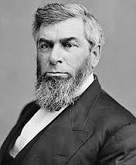







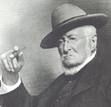
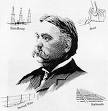









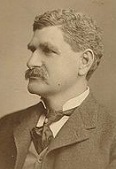


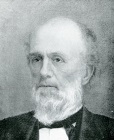






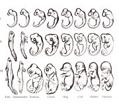
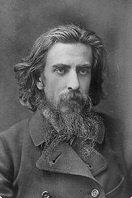

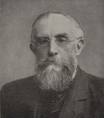
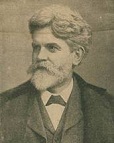




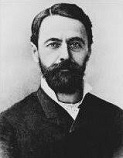





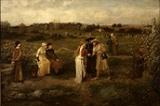
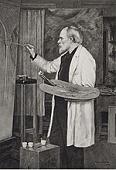





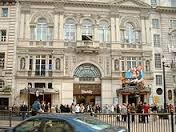


1874 This year there is an internat. fuel shortage, interest rates are sky high, many countries have huge balance of payments deficits, living costs are spiraling upward, retail food prices are too high while farmers are paid too little, and the admin. of the U.S. pres. is riddled with scandal; meanwhile Russian troops are massing along the Chinese border, and Hanoi violates its peace treaties - funny, but the exact same situation occurs in 1974? On Jan. 3 after a year of anarchy, Madrid Capt.-gen. Manuel Pavia y Rodriguez (Pavía y Rodríguez) de Alburquerque (1828-95) stages a coup in Spain and calls on all parties except the federalists and Carlists to form a new nat. govt., causing Emilio Castelar y Ripoll (1832-99), pres. #4 of the new First Spanish Repub. (since last Sept. 7) to be replaced by marshal Francisco Serrano y Dominguez, Duke de la Torre, Count of San Antonio (1810-85) (who had been conspiring to overthrow the repub. until then) becomes pres. #5 (last) of the 1st Spanish Repub. (until Dec. 29), working to gain Euro and U.S. recognition but proving unable to save Spain from a restoration of the Bourbon monarchy. On Jan. 9 U.S. pres. Grant nominates longtime politician-diplomat and former atty. gen. (1853-7) Caleb Cushing (1800-79) for U.S. chief justice, but the U.S. Senate rejects him since he opposed abolition of slavery and favored states rights but supported the Union during the Civil War, making him seem too inconsistent, so Grant gets him appointed as U.S. minister to Spain (until 1877), where he proves popular. On Jan. 20 the Treaty of Pangkor between Britain and Perak in the Malaysian Straits obliges the latter to accept a British resident to give advice on quelling a dynastic conflict and Chinese piracy, pissing-off native chiefs, who begin the Perak Revolt (ends 1875). On Jan. 31 after arriving on the Gold Coast in Dec. and making use of a newly-built road, becoming the first use of a traction engine to haul heavy loads up the beach, 2.5K British troops under Gen. (later field marshal) Sir Garnet Joseph Wolseley, 1st Viscount Wolseley (1833-1913), the Battle of Amoaful is a decisive V for the British over the Ashanti, whose chief Amanquatia is KIA, earning British praise for his courage and skill; the British lose 3 troops KIA and 164 wounded, vs. 1 KIA and 29 Ashanti wounded. In Jan. Anthony Comstock estimates that he has destroyed 134K lbs. of "improper" books, 194K pictures, 60.3K "rubber articles", and 5.5K indecent playing cards - he makes sure that more than just your carpets and upholstery are clean, he makes sure that the employees are too? On Feb. 3 king (since Jan. 8, 1873) Lunalilo I (b. 1835) dies of TB and alcoholism; on Nov. 23, 1875 his remains are removed at his request from the Royal Mausoleum in Nu'uanu Valley to the Kawaiaha'o Church; after a 21-gun salute is denied, a thunderstorm emits 21 thunderclaps to make up for it?; on Feb. 13 U.S.-leaning atty. Kalakaua I (David Kalakaua) (1836-91) is elected over British-leaning Queen Emma in Hawaii, becoming king #7 (last king and 2nd to last monarch) (until Jan. 20, 1891) declaring his brother William Pitt Leleiohoku II (1854-77) as his heir, ending the tradition of electing kings; on Mar. 18 Hawaii signs a treaty giving exclusive trading rights to the U.S.; the new king tours the islands to increase his popularity, rebuilds 'Iolani Palace in 1879-82, composes the Hawaiian War Chant, replaces the Christian nat. anthem "He Mele Lahui Hawaii" with his 1874 composition (along with Capt. Henri Berger) Hawai'i Pono'i (Hawaiian "Hawaii's Own") in 1876, and brings back the Hula, the "beat of the heart of the people" (created by La'a with his drum?) as the symbol of Hawaiian culture, becoming known as "the Merrie Monarch" and launching the First Hawaiian Renaissance; King Kalakaua, Queen Liliuokalani, Princess Miriam Likelike, and Prince William Pitt Leleiohoku II becomes known as the Royal Four (Na Lani 'Eha), the royal patrons of Hawaiian music. On Feb. 4 the British defeat the Ashanti in the Battle of Ordashu then occupy and burn the Ashanti capital of Kumasi, and in July the Treaty of Fomena ends the Third British-Ashanti War (begun 1873), with 2K Ashanti vs. 17 British KIA, 185 wounded, and 55 dead from disease, with the Ashanti agreeing to pay 50K oz. of gold, end human sacrifice, keep the road from Kumasi to the Pra River and grant freedom of trade to the British Gold Coast forts; Kofi Karikari is deposed, and Mensa Bonsu (1840-96) becomes king of Ashanti (until Mar. 8, 1883); the defeat causes the Ashanti Empire to totter on the brink of collapse, destabilizing the whole region. On Feb. 9 Allegheny County, Penn.-born Civil War Union Army vet Alfred Griner "Alferd" Packer (1842-1907) becomes Colo.'s most famous epicure when his traveling party of six leaves Montrose, Colo. en route to the Los Pinos Indian Agency near Gunnison, Colo. and becomes snowbound in the Rockies and he dabbles in cannibalism, arriving alone on Apr. 16 with a suspicious story, compounded by spreading cash around, running from the law for nine years before being discovered on Mar. 11, 1883 in Cheyenne, Wyo. living under the alias John Schwartze, tried on Apr. 6 in Lake City, Colo. and convicted of murder on Apr. 7 and sentenced to death, with presiding judge M.B. Gerry uttering the soundbyte: "Stand up yah voracious man-eatin' sonofabitch and receive yir sintince. When yah came to Hinsdale County, there was siven Dimmycrats. But you, yah et five of 'em, goddam yah. I sintince yah t' be hanged by th' neck ontil yer dead, dead, dead, as a warnin' ag'in reducin' th' Dimmycratic populayshun of this county. Packer, you Republican cannibal, I would sintince ya ta hell but the statutes forbid it"; in Oct. 1885 the Colo. Supreme Court reverses his sentence, and on June 8, 1886 he is convicted of five counts of manslaughter and sentenced to 40 years, becoming the longest prison sentence so far in U.S. history; he is paroled on Feb. 8, 1901 after gaining publicity by petitioning the Colo. gov., and goes to work as a guard at the Denver Post, allegedly going vegetarian before dying on Apr. 23, 1907 in Deer Creek, Colo. and being buried in Littleton, Colo. On Feb. 11 the Nat. Grange in the U.S. adopts a Declaration of Purposes. On Feb. 14 Bolivian pres. (since 1973) Adolfo Ballivian Coll (b. 1831) dies of stomach cancer, and former pres. (1873-3) Tomas Frias Ametller becomes pres. of Boliva again (until May 4, 1876). Disraeli finally gets his big second chance with Six More Years? On Feb. 20 the 1874 British gen. election sees the Conservative Party of Benjamin Disraeli (1804-81) defeat the Liberal Party of William E. Gladstone (in power since Feb. 27, 1868), having a clear majority for the first time since 1841; Disraeli (who shared power with Lord Derby in 1852, 1858, and 1859) becomes British PM (until Apr. 21, 1880); the queen is as enthralled with him as ever, as much as she detests Gladstone; the new govt. passes the Conspiracy and Protection of Property Act to protect the legality of union-backed strikes. Honey Do I Look Fat? The bones from the U.S. Civil War nicely bleached and forgotten, the Robber Baron Era in the U.S. begins with a Darwin-friendly Supreme Court? On Mar. 4 Conn.-born Repub. Skull & Bones Yale U graduate Morrison Remick "Mott" Waite (1816-88) becomes U.S. Chief Justice #7 and 43rd justice of the 9-member U.S. Supreme Court (until Mar. 23, 1888); his court reclaims some of the lost prestige of the Chase Court, and is marked by friendliness towards corporations and indifference to the civil rights of individuals, causing the Robber Barons to arise in the U.S., using Social Darwinism to get away with and justify riding on the backs of the less fortunate, keeping wages low, hours long, and unemployment high, and using totally amoral survival of the fittest tactics to heap up giant fortunes they don't know what to do with, while keeping their own countrymen down - morrison over, son, and wait? On Mar. 14 after Kumasi is burned, the Treaty of Fomena ends the Third British-Ashanti War (begun 1873), with 2K Ashanti and 1K Brits KIA; Kofi Karikari is deposed, and Mensa Bonsu becomes king of Ashanti (until Mar. 8, 1883); the defeat causes the Ashanti Empire to totter on the brink of collapse, destabilizing the whole region. In spring Sedalia, Mo.-born James Harvey Crawford (1845-1930) arrives in Steamboat Springs, Colo. in NW Colo. on the Upper Yampa River Valley just W of the Continental Divide and Rabbit Ears Pass named after the chugging sound of the natural hot springs throughout the area; in 1879 the U.S. Army begins forcibly removing the Yampatikas Utes to a rez in Utah; in 1900 the town is incorporated, and the railroad arrives in 1909; in 1913 Norwegian immigrant Carl Howelsen (Karl Frithjof Hovelsen) (1877-1955) introduces ski jumping to the town, building the Flying Norseman, the first ski jump on Howelsen Hill in 1914, which in 1931 becomes Howelsen Hill Ski Area, going on to found the town's annual Winter Carnival; in 1963 Jim Temple and John Fetcher establish the Steamboat Ski Resort on Mount Werner (originally Storm Mountain) E of the town; in 1974 The Industrial Co. (TIC) is founded in Steamboat Springs, becoming one of the largest construction cos. in the U.S. ($2B revenues in 2007); in 1993 the city council conducts a poll to name the bridge across the Yampa River on Shield Dr., and the name chosen is James Brown Soul Center of the Universe Bridge, with soul singer James Brown appearing at the dedication in Sept. On Apr. 15 unable to find a reputable gallery to show their work, the Impressionists first offer their work for public view in Paris on the Boulevard des Italiens; they get their name from the 1872 Claude Monet painting Impression: Sunrise (Le Havre Harbor at Sunrise), and attempt to catch the changing effects of light by using short paint strokes of pure color. On Apr. 19 Switzerland promulgates a new 1874 Swiss federal constitution strengthening the central federal govt. and militia while giving each canton large powers of control, and establishing civil marriage, free compulsory secular education for both genders with freedom of religion, and permitting popular initiatives and referendums. On May 21 Pres. Ulysses S. Grant's daughter Ellen "Nellie" Wrenshall Grant (1855-1922) marries Englishman Algernon Charles Frederick Sartoris (1851-93) in the White House, becoming the 3rd daughter of a pres. to marry in the White House (next 1906), and the first wedding to arouse public interest; Walt Whitman writes a poem in honor of the occasion. On May 26 (his 21st birthday) outlaw John Wesley Hardin (1853-95) shoots and kills deputy Charles Webb in Brown County, Tex., causing a lynch mob to hang his brother Joe and two of his cousins; after he is captured, he is sentenced to 25 hears in Huntsville, Ala. prison, claiming to have killed 42 men, after which he eventually tames down and passes the bar. On June 4 U.S. solicitor gen. #1 (since 1872) Benjamin Helm Bristow (1832-96) becomes U.S. treasury secy. #30 (until June 20, 1876), going on to prosecute the Whiskey Ring, a group of major distillers that bribe officials (mainly Repubs.) to get around the high taxes; Brig. Gen. Orville Elias Babcock (1835-84), Pres. Grant's aide-de-camp during the U.S. Civil War, and now his personal secy. is acquitted only after Grant personally intervenes and lies, er, testifies, stinking up the Repubs., and causing rumors that they use the bribes to finance their party. On June 27-July 2 the 5-day Second Battle of Adobe Walls in the Tex. Panhandle sees several hundred Comanches led by Quanah Parker siege 28 white bison hunters holed-up in a ramshackle outpost, losing 30-70 warriors vs. only four whites, one of whom shot himself by accident, before giving up and riding away after more hunters arrive, beefing the garrison up to 100 men and Parker is wounded; one of the hunters is young Bat Masterson; buffalo hunting ceases in that region; later in the summer the Red River War begins as the Southern Plains tribes (Comanche, Kiowa, Southern Cheyenne, Arapaho) make a last attempt to get their stolen prairies back from the paleface U.S. Army, which wants to remove them from the Southern Plains and forcibly relocate them to reservations in Indian Territory; on Oct. 4 Set-tainte and 144 Kiowas decide to surrender to the white men in order to get food and blankets for the winter, and Set-tainte is put back in Texas State Prison for parole violation, and on Oct. 11, 1878 he commits suicide by leaping headfirst from a 2nd story window of the prison hospital into a brick wall; in 1963 his remains are reburied in the cemetery at Ft. Sill; "The red man was pressed from this part of the West,/ He's likely no more to return/ To the banks of the Red River where seldom if ever/ Their flickering campires burn" - Home on the Range. In the summer an expedition of the Seventh Cavalry in violation of the treaty, led by Col. (Brevet Gen.) George Armstrong Custer confirms the discovery of gold in the Black Hills, taking a group of newspapermen along so that the news is sure to spread fast. In June 3.5K musicians from all of Rome's military bands stage a mammoth concert in Rome's Piazza del Popolo for tourists. On July 1 in Philadelphia 4-y.-o. "Little Charley" Ross is kidnapped by two men who demand $20K ransom, becoming the first kidnapping for ransom in U.S. history - no Little Lindbergh Law yet? On July 1 the Philadelphia Zoological Gardens, opens, becoming the first in the U.S. In July Ranald Mackenzie's 4th and 10th Black Cavalry, along with Nelson Miles' 5th Black Infantry campaign against the Comanches in the Llano Estacado (Staked Plains), winning a major battle on Sept. 27, then capturing their village in Palo Duro Canyon in the Texas Panhandle, along with 1.4K ponies, who are all killed, and the village burned, causing Quanah Parker to throw in the buffalo blanket and smoke the peace pipe with Great White Honkey, and the Comanches and Apaches both are pretty much tamed by now - arts and crafts classes begin Monday? On Aug. 5 the Kaiser begins awarding the Iron Cross again for the first time since 1813. On Aug. 6 Sarah Bernhardt (1844-1923) debuts in Paris in a drama by Voltaire titled Zaire, in which she plays the title role; a cent. later there is a country with that name. On Aug. 15 Albert Pike allegedly writes a Letter on Three World Wars to Giuseppe Mazzini, describing his vision of how the Illuminati OWG is going to be brought about, with WWI overthrowing the Russian monarchy and establishing a Communist regime, WWII overthrowing Fascism and creating a Zionist state of Israel, and WWIII causing the Muslim World and Zionists to destroy each other, after which atheism will be unleashed to destroy Christianity, causing the remnant to destroy them too and and begin the worship of Lucifer. On Aug. 16 163 German-speaking Mennonites from S Russia arrive in Marion County, Kan., bringing the hardy winter wheat known as Turkey Red, which eventually makes Kansas the granary of the U.S. On Oct. 9 after the U.S. calls for an Internat. Postal Congress in 1863, the Treaty of Bern is signed by reps from 22 nations, establishing the Universal Postal Union (originally the Gen. Postal Union), founded by Prussian minister Heinrich von Stephan (1831-97), establishing a uniform flat rate for internat. mail; Oct. 9 becomes World Post Day; on July 10, 1964 the Constitution of the Universal Postal Union incorporates the IPU. On Oct. 10 ex-cannibal (not Christian) Ratu Seru Cakobau and other chiefs cede Fiji to Britain under a promise to protect Fijian interests while promoting commerce and Christianity - where's the cargo? On Oct. 30 the Virginius Affair begins when the Cuban blockade runner ship Virginius, captained by Joseph Fry is captured by the Cuban naval ship Tornado, who puts the crew on trial in Santiago de Cuba as pirates, getting them convicted and sentenced to death, causing protests, after which British sloop HMS Niobe under Sir Lambton Loraine, 11th Baronet (1818-1917), who arrives and stops the executions at 53; the affair ends on Feb. 7, 1875 after Spanish pres. Francisco Serrano pays $80K in reparations; meanwhile the Spanish ironclad Arapiles anchors in New York Harbor for repairs, freaking out U.S. naval authorities with the realization that they have nothing to defeat it, causing five new ironclads to be built, which are used in the 1898 Spanish-Am. War. On Nov. 7 Thomas Nast pub. the cartoon Third Term Panic in Harper's Weekly first using the elephant as the symbol of the Repub. Party; it shows people panicking at the idea that Pres. Grant would run for a 3rd term on their ticket - you're just a dirty old grandpa? On Nov. 7 an article in the American Medical Weekly claims that a minie-ball fired on May 12, 1863 during the U.S. Civil War had passed through a soldier's scrotum and penetrated the abdomen of a young lady, causing her to become pregnant and deliver an 8-pound baby, who was found to have the mini-ball in its scrotum; the soldier later marries the woman, and they have more three children, but none resembling the father as much as the first. In the Nov. elections the depression and scandals hurt Repub., and the Dems. win control of the U.S. House of Reps. and gain seats in the Senate; the new Dem. House immediately launches inquiries into the scandals and unearths damaging evidence. On Nov. 28 ex-Queen Isabella II's I-can't-wait-forever time-won't-let-me 18-y.-o. son Alfonso XII (1857-85) declares himself of age, and comes out in support of a constitutional monarchy, gaining support from moderates and liberal unionists; on Dec. 29 a group of Spanish gens. rallies to him, ending the First Spanish Repub. of 1873, and he is crowned king of Spain (until Nov. 25, 1885); ousted pres. Marshal Francisco Serrano plays footsie with Alfonso XII and dies in Madrid on Nov. 26, 1885, 24 hours after him. In Nov. 135 women meet in the Second Presbyterian Church in Cleveland, Ohio and organize the Nat. Woman's Christian Temperance Union (WCTU), the first mass org. of U.S. women, which later moves to Evanston, Ill. On Dec. 26 immigrant ship Cospatrick catches fire and sinks off Auckland, New Zealand, killing 476. In Dec. after the postwar reduction of greenbacks in circulation from $432M to $356M had made money too tight, causing the U.S. Treasury to reissue $26M of them, followed by Pres. Grant vetoing a bill to reissue even more, Grant gives his annual message to Congress, calling for the gradual redemption of greenbacks in gold to make them "good as gold". Arkansas adopts its 5th (1836, 1861, 1864, 1868) constitution, and suffers political disturbances as a result. The British Factory Act aids textile workers, changing the working age of children from 8-12 to 10-13. The Prince of Wales (future King Edward VII) visits France. The seaport of Haiphong (Hai Phong) (Haifong) in N Vietnam in the Red River Delta 20 mi. from the Gulf of Tonkin and 60 mi. E of Hanoi is founded. John Forrest heads a 2K-mi. expedition from Champion Bay on the W coast of Australia to the overland telegraph line between Port Darwin and Adelaide, and in 1876 is made deputy surveyor gen. of Western Australia, then surveyor gen. in 1883 - is whitey finally starting to run out of lebensraum? The Great Western Cattle Trail parallel to the Chisholm Trail is first traveled by Capt. John T. Lytle, who drives 3.5K longhorn cattle from S Tex. into Neb., becoming one of the most-traveled cattle trails in the U.S., closing in 1893. The U.S. Navy, neglected after the Civil War, has become little more than a "heterogeneous collection of naval trash", according to the Army and Navy Journal. War hero Gen. Bernardino Caballero de Anasco (Añasco) y Melgarejo (1839-1912) founds the conservative Colorado (Repub.) Party in Paraguay, which controls the country's politics for three decades. The Ethiopian-Egyptian War (ends 1876) sees Ethiopia and Egypt go to war over the disputed district of after Ismai'l Pasha of Egypt annexes Darfur in 1875 and attempts to expand to the whole length of the Nile River, bumping up against Ethiopian emperor (since 1872) Yohannes IV, resulting in the Battle of Gundet on Nov. 16, 1875, in which the Ethiopians ambush the outnumbered Egyptians in a narrow mountain pass, routing them, after which the Egyptian suppresses the bad news and invades again from the N, resulting in the Battle of Gura in Eritrea on Mar. 7-9, 1876, which is another D, ending the war. The Isle of Man (Manx) Pure Beer Act is enacted by the Tynwald, mandating that only water, malted barley, hops, and sugar be used in beer brewing; in 1899 the law is amended to permit the brewing of lager, wheat beer, and fruit beer. The Great Tom Collins Hoax of 1874 spreads around New York, Penn., with everybody pretending that Tom Collins is just around the corner, after which it spreads, causing newspapers to print stories of false sightings; in 1876 Am. mixology king Jerry Thomas pub. the first recipe for a Tom Collins cocktail, made of sparkling lemonade and gin. The city of Garland, Tex. NE of Dallas starts out as the communities of Embree and Duck Creek, centered around a Santa Fe Railroad depot; in 1887 after a rivalry, Dallas County Judge Thomas A. Nash asks visiting congressman Joe Abbott to move the post office to a point midway between them, which is completed in 1887, and named after U.S. atty. gen. Augustus Hill Garland; in 1891 the city of Garland is incorporated, reaching 819 pop. in 1904, reaching 226,876 in 2010 and 238,002 in 2017, becoming a top city for first-time home buyers and working parents, voted by Smartasset in 2017 as "Third Best City for Living the American Dream". London-born Am. cigar maker Samuel Chomper, er, Samuel Gompers (1850-1924) is elected pres. of Local 144 of the Cigar Makers' Internat. Union, and creates the first Union label for cigars, attesting that no Chinese labor was used to manufacture them - they might spit in it? Sir William Siemens directs the laying of the first transatlantic submarine telegraph cable between England and the U.S. A lottery craze sweeps the U.S. and other countries this year, incl. the Royal Havana Lottery of Cuba and the Royal Saxon Govt. Lottery of Leipzig, Germany. Colorado College is founded in Colo. Springs, Colo. on land designated by Denver & Rio Grande Railroad founder Gen. William Jackson Palmer (1836-1909) to copy Oberlin College. British naval historian (first-ever?) Sir John Knox Laughton (1830-1915) gives a lecture to the Royal United Services Inst., announcing the novel idea of the importance of analyzing historical events rather than merely reporting them chronologically, becoming "a catalyst for the entire intellectual development of naval history as an independent discipline", making disciples of British Adm. Herbert William Richmond, British civilian historian Sir Julian Corbett, and U.S. Rear Adm. Alfred Thayer Mahan; too bad, his works go out of print and he fades into obscurity until Donald Mackenzie Schurman (1924-2013) ("founder of naval history in Canada") pub. The Education of a Navy: The Development of British Naval Strategic Thought, 1867-1914 (1965), resurrecting his memory, causing the dept. of war studies at King's College to name its naval history chair after him. The German govt. underwrites the excavation of the Temple of Zeus in ancient Olympia in Greece by Ernest Curtis (finished 1881) - not brought to you by Geico? Half-black half-white former slave Blanche Kelso Bruce (1841-89) is elected as Repub. U.S. Sen. from Miss., taking office on Mar. 4, 1875 (until Mar. 4, 1881), becoming the first African-Am. to serve a full term. Walter Horatio Pater becomes Oscar Wilde's tutor at Oxford. Ralph Waldo Emerson criticizes Algernon Charles Swinburne's poetry as "smutty", touching off transatlantic controversy. Claude Monet (1840-1926) holds an exhibition of Impressionist painters, incl. Gaugin, Renoir, and Cezanne, who like to paint the same scene at different times of day and season to bring out the effects of light and atmosphere, causing critic Louis Leroy to coin the term "Impressionism" to deride it, with the soundbyte "A preliminary drawing for a wallpaper pattern is more finished than this seascape"; "I am following Nature without being able to grasp her... I perhaps owe having become a painter to flowers." (Claude Monet) Stay tuned for scenes from one life to live? This year marks the year in which Christ's Second Presence (Second Advent) is due, according to Allegheny, Penn.-born Pastor Charles Taze Russell (1852-1916), author of the 7-vol. Studies in the Scriptures, 1879 founder of The Watchtower mag., and 1871 founder of the Internat. Bible Students, who in 1931 change their name to Jehovah's Witnesses, and go on to recruit millions of followers, incl. some celebs; when a Bible-based Armageddon prediction goes wrong, there is always a shakeup in the org., after which they regroup and make new predictions, because after all, the Bible is still telling them that there will be one; luckily by the 1980s they officially give up Big A predictions, claiming that only God knows the exact time. Am. Methodist Episcopal minister John Heyl Vincent (1832-1920) (promoted to bishop in 1888) and mill owner Lewis Miller (1829-99) (1855 inventor of the combine) establish the Chautauqua (Seneca "one has taken out fish there") Assembly, followed by Chautauqua U. in 1878 for Sunday school teachers at Fair Point in SW N.Y., where a piece of land juts out into 17 mi. x 2 mi. Chautauaqua Lake, going on to establish the Chautauqua System of home study and the traveling Tent Chautauquas - almost as fun to say as salsa? The Journals of the Disciples of Satan, owned by the Mafia is pub. in Italy. Henry Morton Stanley begins a trek across C Africa from E to W to explore the Congo River (ends 1877). The Pullman Co. begins setting aside smoking cars. Civil marriage becomes compulsory in Germany. Am. atty. Elbridge Thomas Gerry (1837-1927), grandson of U.S. vice-pres. Elbridge Gerry and vice-pres. of the SPCA founds the Society for the Prevention of Cruelty to Children (Gerry Society). The Union Generale des Postes is established in Berne, Switzerland on May 12. James Buchanan Eads deepens the mouth of the Mississipi River using huge jetties. S.A. Hall founds Camp Capitola in Santa Cruz County, Calif. for Victorians who love sea-bathing, where they jump through the waves while holding onto a rope attached to an offshore buoy. Durra (Dourra) (Doora) (grain sorghum) (Egyptian corn) is introduced from S Asia to Calif., where it is grown for animal forage and human food. St. Olaf College in Northfield, Minn. is founded by Norwegian immigrant farmers, led by pastor Bernt Julius Muus (1832-1900). The London Medical School for Women is founded by Sophia Jex Blake, Elizabeth Garrett Anderson, Thomas Henry Huxley, Emily Blackwell, and Elizabeth Blackwell, becoming the first in Britain for women. Correspondence U. in Ithaca, N.Y. is founded, becoming the first U.S. correspondence school. The Paris Opera (Palais Garnier) (begun 1861) opens. Hertford College at Oxford U. is founded. Lever Brothers Co. is founded by English grocer William Hesketh Lever (1851-1925) and his brother James Darcy Lever (1854-1910), going into the soap biz and marketing Sunlight brand based on vegetable oils, then growing to a worldwide conglomerate with sales of $40B+/year by the 21st cent.; too bad, although he becomes a philanthropist, William Hesketh Lever gets into forced labor in the Belgian Congo, stinking himself up. Sports: On May 14 the first internat. Harvard (Boston) Rules rugby football game is played at Jarvis Field in Cambridge, Mass. between Harvard U. of the U.S. and McGill U. of Montreal, Canada; Harvard wins by 3-0; on May 15 they play again under McGill rugby rules, ending in a 0-0 tie after McGill uses a leather-covered bladder instead of a round rubber ball like Harvard; next year Harvard and Tufts play under McGill rules, establishing the modern version of college football, which turns the rugby try into the football touchdown (TD). In July Sophie Stevens wins a gold opera chain for winning a women's swimming contest at Fort Hamilton Beach, N.Y. A baseball tournament between 14 amateur baseball clubs from the U.S. and Canada is held in July in Watertown, N.Y. Architecture: On Jan. 10 the Colosseum at Broadway and 35th St. in New York City opens, becoming the biggest cast-iron structure in the U.S.; inside are cycloramas of London and Paris; outside bells in the tower peal the St. Paul and Westminster chimes. On Mar. 21 the Criterion Theatre in Piccadilly Circus, Westminster, West End, London (cap. 588) opens with "An American Lady" by mgr. Henry J. Byron, and "Topsyturveydm by Alfred Cellier and W.S. Gilbert; on Apr. 15, 1876 is opens under new mgr. Charles Wyndham with "The Great Divorce Case", becoming a leading London light comedy house; in Mar. 1883 the theatre closes so that new ventilation and electricity can be installed, reopening on Apr. 16, 1884. The eagle has landed? The Anglo-Italianate Tweed Courthouse in New York City (declared a historic landmark in 1974) is erected at a cost of $12.5M, two-thirds of which is graft or boodle, and William Marcy "Boss" Tweed (1823-78) spends most of this year in jail for fraud involving the use of city and state funds. The Girard Avenue Bridge in Philadelphia, Penn. over the Schuylkill River officially opens on July 1, becoming the world's widest bridge at 1K ft. long by 100 ft. wide. The triple-arch James Buchanan Eads Bridge in St. Louis, Mo. opens on July 4, built by Capt. James Buchanan Eads (1820-87), becoming the first permanent span built across the Mississippi River that can accommodate railroad traffic, and the world's longest arch bridge. Sports: Mary Ewing Outerbridge (1852-86) of Staten Island, N.Y. brings Lawn Tennis to the U.S. in the spring after watching it being played in Bermuda by English officers, playing her first game at the Staten Island Cricket and Baseball Club. Nat. Assoc. championship team Boston joins the Philadelphia Athletics on a trailblazing tour of Europe (the first time pro U.S. baseball teams play abroad), competing in 14 baseball games and 7 cricket matches in England and Ireland. 20-y.-o. N.J. trotter Goldsmith Maid (1854-82) retires after earning purses totalling $364,200 and going undefeated since 1871. Inventions: Postmaster Noyes Palmer Chapman (1811-) of Canastota, N.Y. invents the Fifteen Puzzle, consisting of 15 consecutively numbered sliding squares in a 4x4 grid; it becomes a craze in 1880; on the Tonight Show starring Johnny Carson on Nov. 8, 1972 chess champ Bobby Fischer proves he can solve it within 25 sec. Jean Maurice Emile Baudot (1845-1903) on June 17 patents the first system for rapid telegraphy. Stephen Dudley Field (1846-1913) of Stockbridge, Mass. begins inventing electrical equipment, starting with a multiplex telegraph apparatus, then installs an electric streetcar system in New York City, which proves dangerous and faulty. Robert M. Green of Philadelphia, Penn. begins selling ice cream sodas (ice cream and soda water), claiming to have invented them. H.S. Parmalee of New Haven, Conn. patents the sprinkler head, used in bldgs. to put out fires. The Sargent & Greenleaf Co. of Rochester, N.Y. begins manufacturing time locks for bank vaults. A.K. Shriver of Baltimore, Md. patents the Pressure Cooker (Retort) for food canning; it doesn't come into gen. use until 1935. Devil's Rope cuts the Am. Great Plains into a danger-filled maze? Joseph Farwell Glidden (1813-1906) of De Kalb, Ill. (who grew up on a farm in N.Y.) modifies the patented barbed wire design of Henry M. Rose (a strip of wood with spikes attached to a plain wire fence) with a new way to hold the barbs in place using two twisted wire strands, creating The Winner, and in 1874 he and merchant Isaac L. Ellwood form the Barb Fence Co., becoming the first barbed wire manufacturer, with five tons produced the first year, and, after hiring salesmen Henry B. Sanborn (relative of Glidden) and John Warne "Bet-a-Million" Gates (1855-1911) sales take off, producing 1.5K tons in 1876 and 25K tons in 1879, causing the Great Plains (which lack rocks and trees) to be fenced in, and prices to fall from 20 cents to 2 cents per lb. by 1893; Glidden never visits the West to see how hi Devil's Rope causes severe injuries to cattle, screwworm infestation et al.? Oleomargarine, invented in France in 1869 begins to be manufactured in the U.S. The first corset manufactured solely for health purposes begins production in McGraw, N.Y. Bellevue Training School for Nurses in New York City introduces the first hospital record system in the U.S. Science: In Jly Coggia's Comet (Great Comet of 1874) is first observed (period 6K years), with brightness between 0 and 1. Prussian-born Austrian surgeon Christian Albert Theodor Billroth (1829-94) discovers Streptococci and Staphylococci. Dutch physical chemist Jacobus Henricus van't Hoff (1852-1911) and French physical chemist Joseph Achille Le Bel (1847-1930) independently suggest that the four bonds in most carbon compounds are directed toward the corners of a tetrahedron, thus founding the study of Stereochemistry, and winning van't Hoff the first-ever Nobel Chem. Prize in 1901. German physicist Friedrich Wilhelm Georg Kohlrausch (1840-1910) demonstrates that an electrolyte has a definite constant value of electrical resistance, and goes on to to verify the independent migration of ions. Andrew Taylor Still (1828-1917) of Baldwin, Kan. invents Osteopathy, "the freedom of flow of all electric or other fluids or substances pertaining to life" - my hand invents that every night? Irish physicist George Johnstone Stoney (1826-1911) of the Nat. U of Ireland coins the word "electron"; actually he named it "electrine", and changed it in 1891 - don't ask why a Gaelic wants to use Greek? English opthalmologist Warren Tay (1843-1927) first describes macular degeneration. Othmar Zeidler (1859-1911) of the U. of Strasbourg first prepares DDT, but doesn't suspect its insecticidal qualities; it takes until 1939. Heroin is chemically extracted from morphine in England by adding two acetyl groups. Nonfiction: Anon., Professor Fowler's Great Work on Manhood, Womanhood and Their Mutual Interrelations; Love, Its Laws, Power, etc.; sent only in a plain envelope. Sir Samuel White Baker (1821-93), Ismailia; his C African expedition. Paul Emile Lecoq de Boisbaudran (1838-1912), Spectres Lumineux, et en Longeurs d'Ondes Destines aux Recherche de Chimie Minerale; pioneer treatment of spectroscopy. George Borrow (1803-81), Romano Lavo-lil, or World-book of the Gypsy Language. John Elliott Cairnes (1823-75), Some Leading Principles of Political Economy, Newly Expounded; which claims that political economy should be limited to tracing the connections among the phenomena of wealth but not dictate rules of practice, and adds abstinence to labor as a cost of production, pointing out that modern societies are split into noncompeting industrial groups with free competition only within each group. Fustel de Coulanges (1830-89), Histoire des Institutions Politiques de l'Ancienne France; claims that the Germans didn't conquer Gaul but peacefully and slowly penetrated it. George Armstrong Custer (1839-76), My Life on the Plains. John William Draper (1811-82), History of the Conflict Between Religion and Science; proposes the Conflict Thesis, that there is an intrinsic intellectual conflict between you know what, leading to public hostility, which becomes a big hit with Rationalists, although modern historians tend to back off from it. Henry Drummond (1851-97), The Greatest Thing in the World; bestseller (12M copies) based on 1 Cor. Ch. 13, about following God's commands to love him and each other. Millicent Fawcett (1847-1929), Tales in Political Economy. James Fazy (1794-1878), De l'Intelligence Collective des Societes. William Ferrel (1817-91), Tidal Researches; explains his tide prediction machine that works on the principle of harmonic motion. William Gladstone (1809-98), The Vatican Decrees in their Bearing on Civil Allegiance; bestseller urging British Roman Catholics to reject papal infallibility in favor of loyalty to the infallible British crown. John Richard Green (1837-83), Short History of the English People (4 vols.) (1874-80); first to concentrate on social, industrial, and moral progress?; would have made it longer but has health problems? Ferdinand Gregorovius, Lucrezia Borgia. Ernst Haeckel (1834-1919), Anthropogenie. Charles Hodge (1797-1878), What Is Darwinism?; leader (since 1851) of Old School Presbyterian Princeton Theological Seminary attacks newfangled Darwinism as atheism, becoming the first sustained religious attack, pooh-poohing the notion that blind chance independent of God gave rise to the intricate design of Nature; "To any ordinarily constituted mind it is absolutely impossible to believe that the eye is not the work of design"; Presbyterians have the duty to oppose "all spectacular hypotheses and theories which come into conflict with well-established truths"; God gave us "intuitions which are infallible", but thanks to the unbelief rampant in the scientific world, "Religion has to fight for its life against a large class of scientific men"; anti-Darwinism becomes his school's official position until 1929; meanwhile totally separate Princeton U., under pres. (1868-88) James McCosh (1811-94) accepts Darwinism as evidence of God's great intelligence, finding no irreconcilable hostility to the Bible, becoming the first endorsement by a religious leader. William Stanley Jevons, The Principles of Science. Gen. Joseph E. Johnston (1807-91), Narrative of Military Operations during the Civil War. Bon Louis Henri Martin (1810-83), Napoleon and the Frontiers of France. John Stuart Mill (1806-73), Three Essays on Religion (posth.). Alexander Stuart Murray (1841-1904), Who's Who in Mythology. Robert Dale Owen (1801-77), Threading My Way (autobio.). James Shepherd Pike (1811-82), The Prostrate State: South Carolina Under Negro Government; Maine-born former Radical Repub. turns on Reconstruction, claiming to be an eye-witness, painting it as causing corruption, incompetence, bribery and other financial wrongdoing under the control of "a mass of black barbarism", calling for whites to be restored to political power, backing the Liberal Repub. U.S. pres. candidate Horace Greeley over Ulysses Grant, becoming a hit that helps hasten the end of Reconstruction and is used by historians until the 20th cent.; Pike supported the Union during the U.S. Civil War but didn't want black slaves freed but rather "the Gulf States... surrendered to the blacks" to ensure segregation and get them out of whites' hair. Georg August Schweinfurth (1836-1925), Im Herzen von Afrika (In the Heart of Africa). Henry Sidgwick (1838-1901), Methods of Ethics. Vladimir Solovyov (1853-1900), The Crisis of Western Philosophy: Against the Positivists; disses positivism and Western rationalism as setting up a conflict between reason and faith and reason and Nature, praising Arthur Schopenhauder and Eduard von Hartmann and claiming a third way between pure empiricism and pure rationalism that acknowledges an all-one concrete spirit as the absolute principle, founding modern Russian religious philosophy; "No preceding stage of philosophy can be ignored. Every preceding stage is one-sided and will find its appropriate place only when we are emancipated from Western philosophy in its entirety and surrender ourselves to the authority of faith" (Alexei Losev). Sir Leslie Stephen (1832-1904), Hours in a Library (3 vols.) (1874-9). Bishop William Stubbs (1825-1901), The Constitutional History of England in Its Origin and Development (3 vols.) (1874-8); becomes a std. work, tracing the development of the English constitution from the 5th-6th cent. Teutonic invasions of England to 1485. William Graham Sumner (1840-1910), A History of American Currency, with Chapters on the English Bank Restriction and Austrian Paper Money. Eugene Emmanuel Viollet-le-Duc (1814-79), Histoire d'une Forteresse. Marie-Esprit Leon Walras (1834-1910), Elements of Pure Economics; or, The Theory of Social Wealth; his magnum opus; founds Gen. Equilibrium Theory, helping launch the Marginal Rev. along with William Stanley Jevons and Carl Menger. Wilhelm Wundt (1832-1920), Principles of Physiological Psychology; first textbook on psychology. Music: Johannes Brahms (1833-97), Hungarian Dances. Zdenek Fibich (1850-1900), Bukovin (opera). Hermann Goetz (1840-76), Der Widerspenstigen Zahmung (opera) (Mannheim). Edouard Lalo (1823-92), Spanish Symphony (Opus 21 in D minor); written for Pablo de Sarasate; debuts 1 mo. after "Carmen". Modest Mussorgsky (1839-81), Boris Godunov (violin concerto) (St. Petersburg) (Feb. 1875) (Paris); Pictures at an Exhibition; 10 piano pieces based on art work by Viktor Hartmann, who died suddenly in 1873 ; incl. "Tuileries", "Battle of the Unhatched Chicks", "The Hut on Hen's Legs", "The Bogatyr Gates of Kiev"; adapted in 1922 for full symphony orchestra by Maurice Ravel. Bedrich Smetana (1824-84), My Fatherland (Ma Vlast) (6 symphonic poems) (1874-9) ("Bysehrad", "Vltava", "Sarka", "From Bohemian Fields and Groves", "Tabor", "Blanik"); The Two Widows (opera) (Mar. 27 and Oct. 20) (Prague); libretto by Emanuel Zungel based on Jean Pierre Felicien Mallefille's 1-act play "Les Deux Veuves"; rewritten after the first debut flops. Johann Strauss II (1825-99), Die Fledermaus (The Flying Mouse) (operetta) (Apr. 5) (Vienna); his most popular operetta; U.S. debut is on Nov. 21 at New York City's Thalia Theatre (N.Y. Academy of Music); Prince Orlovsky; features a great overture. Giuseppe Verdi (1813-1901), Requiem Mass (Manzoni Requiem) (Milan) (May 22); commemorates the 1st anniv. of the death of Italian writer Alessandro Manzoni (1785-1873). Art: Arnold Bocklin (1827-1901), Vestalin. George Henry Boughton (1833-1905), Pilgrims Setting Out for Canterbury; exhibited in London, where it turns on Theo van Gogh, who views life as a (an ear-nest?) pilgrimage to God. Sir Edward Coley Burne-Jones (1833-98), The Beguiling of Merlin. Pierre Puvis de Chavannes (1824-98), Radegune (mural); Charles Martel (mural) (1874-5); both in the Poitiers town hall. Thomas Eakins (1844-1916), Hunting. Francois Feyen-Perrin (1826-88), Return of the Oyster Fishers. Jule Joseph Lefebvre (1836-1911), Odalisque; Slave Carrying Fruit; Portrait of Eugene Louis Napoleon Bonaparte. Max Liebermann (1847-1935), Women Plucking Geese. Claude Monet (1840-1926), Monet Working. Martin Milmore (1844-83), Soldiers' and Sailors' Monument (sculpture) (Boston Common). Pierre-Auguste Renoir (1841-1919), La Loge; The Theatre Box. William Wetmore Story (1819-95), Semiramis (sculpture). Elizabeth Thompson, Calling the Roll After an Engagement, Crimea. James Tissot (1836-1902), The Ball on Shipboard; London Visitors. Plays: Pedro Antonio de Alarcon (1833-91), The Three-Cornered Hat (El Sombrero de Tres Picos); a miller thinks his wife is having an affair with the mayor; basis of a 1917 ballet by Manuel de Falla. Octave Feuillet (1821-90), Le Sphinx. William Gilbert, Sweethearts. Bronson Crocker Howard (1842-1908), Moorcroft. Algernon Charles Swinburne (1837-1909), Bothwell. Bayard Taylor (1825-78), The Prophet: A Tragedy. Poetry: Paul Bourget (1852-1935), La Vie Inquiete. Charles Cros, La Fleuve. George Eliot (1819-80), The Legend of Jubal; Arion; A Minor Prophet. Vitezslav Halek, Under the Bare Hill - how would you like to check out the bouncing souls? Arthur O'Shaughnessy (1844-81), Music and Moonlight; "We are the music makers,/ And we are the dreamers of dreams"; set to music in 1912 by Sir Edward Elgar; quoted in the 1971 film "Willy Wonka & the Chocolate Factory". James Thomson (1834-82), The City of Dreadful Night; based on his nocturnal jaunts around London during bouts of insomnia. Paul Verlaine (1844-96), Romances sans Paroles. Novels: Thomas Bailey Aldrich (1836-1907), Prudence Palfrey. Jules Amedee Barbey d'Aurevilly (1808-89), The She-Devils (Les Diaboliques) (short stories); about women who commit a crime to relieve the boredom of their bourgeois lives in the French Second Repub. William Black (1841-98), A Princess of Thule; adapted into the play "The Maid of Arran" by L. Frank Baum. Anna Louise Geertruida Bosboom-Toussaint (1812-86), Majoor Frans. Mary Elizabeth Braddon (1837-1915), Lost for Love. Edward Eggleston (1837-1902), The Circuit Rider. Gustave Flaubert (1821-80), The Tempation of St. Anthony (La Tentation de Saint Antoine). Joseph Arthur, Count de Gobineau (1816-82), Les Pleiades. Thomas Hardy (1840-1928), Far From the Madding Crowd (4th novel); his first major lit. success; farmer Bathsheba Everdene, her lonely neighbor William Boldwood, faithful shepherd Gabriel Oak, and thriftless soldier Sgt. Troy. Victor Hugo (1802-85), Ninety-Three (Quatre-vingt-treize). J.K. Huysmans (1848-1907), Le Drageoir aux Epices (prose poems). Edward Page Mitchell (1852-1927), The Tachypomp (Jan.) (New York Sun); faster-than-light travel. Allan Pinkerton (1819-84), The Expressman and the Detective; one of several detective novels ghost-written for him. Raffi (1835-88), Salbi. Edward Payson Roe (1838-88), Opening of a Chestnut Burr. Henry Wheeler Shaw (1818-85), Everybody's Friend. Theodor Storm (1817-88), Pole Poppenspaler. Jules Verne (1828-1905), The Mysterious Island; sequel to "20,000 Leagues Under the Sea" (1870); named after Abe Lincoln; Capt. Nemo is revealed to really be Prince Dakkar, and is buried in his tub. Births: Am. newspaper pub.-politician and U.S. Navy sec. #46 (1940-4) William Franklin "Frank" Knox (d. 1944) on Jan. 1 in Boston, Mass. French economist Charles Rist (d. 1955) on Jan. 1 in Prilly; father of Leonard Rist (1905-82). Am. aviation pioneer Gustave Albin Whitehead (Gustav Albin Weisskopf) (d. 1927) on Jan. 1 in Leutershausen, Bavaria; emigrates to the U.S. in. 1893. Am. physiologist Joseph Erlanger (d. 1965) on Jan. 5 in San Francisco, Calif; educated at John Hopkins U. Am. automobile pioneer (alcoholic) Carl Graham Fisher (d. 1939) on Jan. 12 in Greensburg, Ind. English historian-biographer Henry William Carless Davis (d. 1928) on Jan. 13 in Ebly (near Stroud), Gloucestershire; educated at Balliol College, and All Souls College, Oxford U. Am. "Peter Rabbit/Cottontail" children's writer and conservationist ("the Bedtime Story Man") Thornton Waldo Burgess (d. 1965) on Jan. 14 Sandwich, Mass. Canadian "The Law of the Yukon", "The Shooting of Dan McGrew" poet ("the Bard of the Yukon") Robert William Service (d. 1958) on Jan. 16 in Preston, Lancashire, England; Scottish banker father; grows up in Glasgow. Am. US Steel CEO (1932-8) Myron Charles Taylor (d. 1959) on Jan. 18. Am. pioneer film producer (Jewish) Charles O. Baumann (d. 1931) on Jan. 20 in New York City. French mathematician Rene Louis Baire (d. 1932) on Jan. 21. Am. philanthropist Edward Stephen Harkness (d. 1940) on Jan. 22 in Cleveland, Ohio. Am. "Take Me Out to the Ball Game" singer Edward Meeker (d. 1937) on Jan. 22 in East Orange, N.J. English "Of Human Bondage" novelist-playwright (gay) William Somerset Maugham (d. 1965) (pr. MOM) on Jan. 25 [Aquarius] in Paris (British embassy so he can't be conscripted into French military service); father is a lawyer for the British embassy; educated at Heidelberg U.; medical degree from St. Thomas's Hospital, London; master of the simple, disillusioned and ironic lit. style - Maugham liked you better? Russian Symbolist theatrical producer-dir.-actor Vsevolod Emilevich (Karl Kasimir Theodor) Meyerhold (d. 1940) on Jan. 28 (Feb. 10 Old Style) in Penza; educated at Moscow U. Am. "Icebound" playwright Owen Gould Davis Sr. (d. 1956) on Jan. 29 in Portland, Maine; father of Owen Davis Jr. (1907-49) and Donald Davis. Am. Rockefeller Center industrialist-philanthropist (Jewish) John Davison Rockefeller Jr. (d. 1960) on Jan. 29 in Cleveland, Ohio; only son of John D. Rockefeller Sr. (1839-1937); educated at Brown U.; father of John D. Rockefeller III (1906-78), Nelson Aldrich Rockefeller (1908-79), Winthrop Rockefeller (1912-73), and David Rockefeller Sr. (1915-); Nelson becomes U.S. vice-pres. in exactly 100 years. Austrian Romantic "Jedermann" novelist-poet-playwright (Roman Catholic) Hugo von Hofmannsthal (d. 1929) on Feb. 1 in Vienna; Jewish great-grandfather; educated at the U. of Vienna; writes librettos for six operas by Richard Strauss. Am. "A Rose is a Rose is a Rose" avant-garde writer-poet (lesbian) Gertrude Stein (d. 1946) on Feb. 3 in Allegheny, Penn.; educated at John Hopkins U. Am. "What's O'Clock" imagest free-verse poet-critic ("Amygist" - Ezra Pound), ("the demon saleswoman of poetry - T.S. Eliot") and critic (lesbian) Amy Lowell (d. 1925) on Feb. 9 in Brookline, Mass.; sister of educator Abbott Lawrence Lowell (1856-1943) and astronomer Percival Lowell (1855-1916). Russian philosopher-archeologist (Theosophist) Helena Ivanovna Roerich (d. 1955) on Feb. 12 in St. Petersburg; wife of Nicholas Roerich (1874-1947). British Antarctic explorer Sir Ernest Henry Shackleton (d. 1922) on Feb. 15 in Kilkea, County Kildare, Ireland. Am. IBM pres. #1 (1914-56) (asthmatic) Thomas John Watson Sr. (d. 1956) on Feb. 17 in Campbell, N.Y.; son of a small lumber business owner; father of Thomas J. Watson Jr. (1914-93). Am. soprano ("the Sara Bernhardt of Opera") Mary Garden (d. 1967) on Feb. 20 in Aberdeen, Scotland; emigrates to the U.S. at age 9. Estonian pres. #1 (1938-40) Konstantin Pats (Päts) (d. 1956) on Feb. 23 (Feb. 11 Old Style) in Takhuranna Parish. Am. ML baseball hall-of-fame player ("the Flying Dutchman") Johannes Peter "Honus" Wagner (d. 1955) on Feb. 24 in Carnegie (Chartiers), Penn. Austrian chess master (Jewish?) Carl Schlechter (d. 1918) on Mar. 2 in Vienna. Am. Mormon fundamentalist leader John Yeates (Yates) Barlow (d. 1949) on Mar. 4 in Panaca, Nev. Am. "It's a Wonderful Life" actor Henry Travers (Travers John Heagerty) (d. 1965) on Mar. 5 in Berwick-on-Tweed, Northumberland; father is Irish doctor from Cork. Am. anti-Dewey educator William Chandler Bagley (d. 1946) on Mar. 15 in Detroit, Mich.; educated at Cornell U. Am. liberal "curmudgeon" reformer journalist and U.S. interior secy. #2 (1933-1946) Harold LeClair Ickes (d. 1952) on Mar. 15 in Franktown Township, Penn.; educated at the U. of Chicago. Am. Zionist rabbi Stephen Samuel Wise (d. 1949) on Mar. 17 in Budapest, Hungary; emigrates to the U.S. as an infant. English "Rescued by Rover", "Alice in Wonderland" film dir. Cecil Milton Hepworth (d. 1953) on Mar. 19 in Lambeth, South London. French Gen. Pierre Hering (d. 1963) on Mar. 23. Am. Sat. Evening Post illustrator Joseph Christian Leyendecker (d. 1951) on Mar. 23 in Montabaur, Germany; of Dutch ancestry; emigrates to the U.S. in 1882. Hungarian-Am. escapologist-magician, writer-ghostbuster (Jewish) ("Master of Mystery") ("Handcuff King") Harry Houdini (Erik Weisz or Ehrich Weiss) (d. 1926) on Mar. 24 in Budapest; rabbi father; emigrates to the U.S. in 1878; grows up in Appleton, Wisc., later claiming it as his birthplace. British "Ace of Spies" (Jewish) Sidney George Reilly (Sigmund Georgevich Rosenblum) (d. 1925) (b. 1873?) on Mar. 24 near Odessa, Ukraine; illegitimate son of a Jewish doctor and a Russian woman married into the military; his parents Grigory and Perla are really prosperous Polish-descent landowners?; picks the name Reilly (his 1st wife's family name) because Irishmen are welcome in every country but their own? Am. "Mending Wall", "The Road Not Taken" poet ("Great Poet of Rural New England") Robert Lee Frost (d. 1963) on Mar. 26 in San Francisco, Calif.; moves to Lawrence, Mass. in 1885 and learns the Yankee lingo; teaches at Bread Loaf Writers Conference in Vt. U.S. First Lady Lou Henry Hoover (d. 1944) on Mar. 29 in Ohio; wife of pres. Herbert Hoover. English RMS Titanic 2nd mate Charles Herbert Lightoller (d. 1952) on Mar. 30 in Chorley, Lancashire; father of Herbert Brian Lightoller (1917-39). English theologian Ernest William Barnes (d. 1953) on Apr. 1 in Altrincham, Cheshire; educated at Trinity College, Cambridge U.; starts out as a mathematician-scientist. U.S. commerce secy. (1940-5) Jesse Holman Jones (d. 1956) on Apr. 5. English golfer Lady Margaret Rachel Scott (d. 1938) on Apr. 5. U.S. Navy Ensign Worth Bagley (d. 1898) on Apr. 6 in Raleigh, N.C.; only U.S. naval officer KIA in the 1898 Spanish-Am. War. U.S. House Speaker (1936-40) William Brockman Bankhead (d. 1940) on Apr. 12 in Lamar County, Ala. German Stark Effect physicist Johannes Stark (d. 1957) on Apr. 15 Schickenhof, Bavaria; educated at the U. of Munich - couldn't ask for a better name for an effect? Am. "In This Our Life" novelist Ellen Anderson Gholson Glasgow (d. 1945) on Apr. 22 in Richmond, Va.; from an aristocratic Southern family, she tries to deconstruct the genteel idealization of the antebellum South. Am. Jefferson Memorial architect John Russell Pope (d. 1937) on Apr. 24 in New York City. Italian-Irish physicist and wireless telegraphy pioneer Marchese Guglielmo Marconi (d. 1937) on Apr. 25 in Bologna. English "Pelissier's Follies" theatrical producer-composer Harry Gabriel Pelissier (d. 1913) on Apr. 27 in Finchley, North London; husband of Fay Compton (1894-1978); father of Anthony Pelissier (1912-88). Austrian satirist (Jewish) Karl Kraus (d. 1936) on Apr. 28 in Gitschin (Jicin), Bohemia; educated at the U. of Vienna. Am. "Charlie Chan" actor Sidney Toler (d. 1947) on Apr. 28 in Warrensburg, Mo.; 2nd non-Asian to play Charlie Chan after Warner Oland (1938). Am. painter (lesbian) Romaine Brooks (Beatrice Romaine Goddard) (d. 1970) on May 1 in Rome, Italy; partner of Natalie Barney (1876-1972). French perfume magnate Francois Coty (Joseph Marie Francois Spoturno) (d. 1934) on May 3 in Ajaccio, Corsica; Genoese descent parents; descendant of Napoleon Bonaparte's aunt Isabelle Bonaparte; French Communist (in Russia) Inessa Armand (Ines Stephane) (Inès Stéphane) (d. 1920) on May 8 in Paris; raised in Moscow; lover of Vladimir Lenin? Am. oil tycoon and Dem. Okla. gov. #10 (1935-9) Ernest Whitworth Marland (d. 1941) on May 8 in Pittsburgh, Penn.; educated at the U. of Mich. English King Tut archeologist Howard Carter (d. 1939) on May 9 in Kensington, London. English theater actor-playwright-songwriter-producer-mgr. George Grossmith Jr. (d. 1935) on May 11 in Haverstock Hill, London; partner of Edmund Payne (1863-1914). Austrian pediatrician Clemens Peter Freiherr von Pirquet (d. 1929) on May 12 in Vienna; coiner of the term "allergy" with Bela Schick (1877-1967). South African PM (1948-54) and Dutch Reformed Church minister Daniel Francois Malan (d. 1959) on May 22 in Riebeek-Wes; educated at the U. of Utrecht. French aviator Henri Farman (d. 1958) on May 26 in Paris; English parents; brother of Maurice Farman (1877-1964). Am. "The Virginian" silent film actor Dustin Lancy Farnum (d. 1929) on May 27 in Hampton Beach, N.Y.; brother of William Farnum (1876-1953) and Marshall Farnum (-1917); Dustin Hoffman's mother names him after a mag. that features him on the cover. English conservative "Father Brown" writer-novelist-poet ("Prince of Paradox") G.K. (Gilbert Keith) Chesterton (d. 1936) on May 29 in Kensington, London; educated at St. Paul's School, and Univ. College London; becomes a Roman Catholic in 1922; friend of Hilaire Belloc (Chesterbelloc). Am. inventor Sanford Lockwood Cluett (d. 1968) on June 6 in Troy, N.Y.; inventor of the Sanforizing process for pre-shrunk fabrics. Am. contralto Clara Langhorne Clemens (d. 1962) on June 8 in Elmira, N.Y.; only surviving child of Samuel Langhorne Clemens (Mark Twain) (1835-1910) and Olivia Langdon Clemens (1845-1904). U.S. Sen. (R-Ore.) (1917-44) Charles Linza McNary (d. 1944) on June 12 in Salem, Ore.; educated at Stanford U. Am. "Amateur Hour" radio MC Edward "Major" Bowes (d. 1946) on June 14 in San Francisco, Calif. Canadian Conservative PM #9 (1920-1, 1926) Arthur Meighen (d. 1960) on June 16 in Anderson, Ont.; educated at the U. of Toronto. Am. "Father is a Prince" actor Grant Mitchell (d. 1957) on June 17 in Columbus, Ohio. Am. Kewpie doll cartoonist Rose Cecil O'Neill (d. 1944) on June 25 in Wilkes-Barre, Penn. Am. "Mrs. Wiggs of the Cabbage Patch" playwright Anne Crawford Flexner (nee Anne Laziere Crawford) (d. 1955) on June 27 in Georgetown, Ky.; wife of Abraham Flexner (1866-1959); mother of Jean Flexner and Eleanor Flexner (1908-95). U.S. Sen. (D-Colo.) (1931-7) Edward Prentiss Costigan (d. 1939) on July 1 in King William County, Va.; educated at Harvard U. French chemist Andre-Louis Debierne (d. 1949) on July 14. Am. pellagra physician (Jewish) Joseph Goldberger (d. 1929) on July 16 in Giralt Hungary (Giraltovce, Slovakia); emigrates to the U.S. in 1883; educated at New York U. Am. Boston Symphony Orchestra conductor (1924-49) (Jewish) Serge (Sergei) Alexandrovich Koussevitzky (d. 1951) on July 26 (July 14 Old Style) in Vyshny Volochyok, Russia; emigrates to Paris in 1920; converts to Christianity in 1905. Irish "Dr. Alexis Zarkov in Flash Gordon" actor-writer Francis Connolly "Frank" Shannon (d. 1959) on July 27. German neo-Kantian idealist philosopher (Jewish) Ernst Cassirer (d. 1945) on July 28 in Breslau; cousin of Bruno Cassirer, Paul Cassirer, and Kurt Goldstein; educated at the U. of Berlin; student of Hermann Cohen (1842-1918); emigrates to England in 1933 and the U.S. in 1941; father of Heinz Cassirer (1903-79). Canadian Socialist Methodist minister and social reformer James Shaver Woodsworth (d. 1942) on July 29 in Etobicoke (near Toronto), Ont.; 1932 founder of the Co-operative Commonwealth Federation (forerunner of the New Dem. Party); only Canadian MP to vote against Canada's entry into WWII in 1939. Am. business cycles economist Wesley Clair Mitchell (d. 1948) on Aug. 5 in Rushville, Ill.; educated at the U. of Chicago. Am. "The Book of the Damned" writer-scientist ("Prophet of the Unexplained") (world's first UFOlogist?) Charles Hoy Fort (d. 1932) on Aug. 6 in Albany, N.Y.; of Dutch ancestry. French Socialist historian (of the French Rev.) Georges Lefebvre (d. 1959) on Aug. 6 in Lille. U.S. pres. #31 (1929-33) (Quaker) (lefty) Herbert Clark Hoover (d. 1964) on Aug. 10 in West Branch, Iowa; first pres. born W of the Mississippi River; parents Jesse Hoover (-1880) and Hulda Hoover (-1883) are devout Quakers; orphaned at age 9 and grows up with maternal uncle Dr. Henry J. Minthorn in Newberg, Ore.; graduates in 1895 from Stanford U. (home of the Cardinals) and makes a fortune as a mining engineer. U.S. Maj. Gen. John Francis O'Ryan (d. 1961) on Aug. 21 in New York City; educated at NYU. German phenomenologist philosopher (founder of philosophical anthropology) ("first man of the philosophical paradise" - Jose Ortega y Gasset) Max Ferdinand Scheler (d. 1928) on Aug. 22 in Munich; Lutheran father, Jewish mother; converts to Roman Catholicism. Am. "Miss Lulu Bett" novelist Zona Gale (d. 1938) on Aug. 26 in Portage, Wisc. Am. "Wait 'Till the Sun Shines, Nellie" lyricist Andrew B. Sterling (d. 1955) on Aug. 26 in New York City; collaborator of Harry Von Tilzer (1872-1946). German industrial chemist (I.G. Farben chmn.) Carl (Karl) Bosch (d. 1940) on Aug. 27 in Cologne; educated at the U. of Leipzig. Austrian fashion designer Emilie Louise Floge (Flöge) (d. 1952) on Aug. 30 in Vienna; model and lover of Gustav Klimt (1862-1918). Am. Halo Effect psychologist (eugenicist) Edward Lee "Ted" Thorndike (d. 1949) on Aug. 31 in Williamsburg, Mass.; educated at Wesleyan U., Harvard U., and Columbia U. U.S. sesquipedalian Sen. (D-Ariz.) (1912-41) ("Dean of Inconsistency") ("Five-Syllable Henry") ("Silver-Tongued Sunbeam of the Painted Desert") Henry Fountain Ashurst (d. 1962) on Sept. 13 in Winnemucca, Nev.; born in a covered wagon. Am. "emancipated dissonance" Expressionist composer(Jewish) (triskaidekaphobic) Arnold Schoenberg (Schonberg) (Schönberg) (d. 1951) on Sept. 13 in Vienna, Austria; originator of the equal opportunity Twelve-Tone System (Technique), whch ensures that all 12 notes of the chromatic scale get equal time. Mexican rev. leader Ricardo Flores Magon (d. 1922) on Sept. 16 in Oaxaca. English "The Planets" composer Gustav Theodore Holst (d. 1934) on Sept. 21 in Cheltenham, Gloucestershire; of Swedish descent; brother of Ernest Cossart (1876-1951); father of Imogen Claire Holst (1907-84); educated at the Royal College of Music; friend of Ralph Vaughan Williams - celestial upholsterer? Am. botanist Oakes Ames (d. 1950) on Sept. 26 in North Easton, Mass.; son of Mass. gov. Oliver Ames (1831-95); educated at Harvard U., and U. of Buffalo. Am. "Emperor Ming the Merciless in Flash Gordon", "prosecutor in Duck Soup" actor Charles B. Middleton (d. 1949) on Oct. 3 in Elizabethtown, Ky.; resembles Abe Lincoln? Russian painter-writer (Theosophist) Nicholas Roerich (Nikolai Konstantinovich Rerikh) (d. 1947) on Oct. 9 in St. Petersburg; husband of Helena Roerich (1879-1955). Am. Hawaiian ukelele maker Jonah Kumalae (d. 1940) on Oct. 13 in Honolulu. Am. antitrust atty. John Lord O'Brian (d. 1974) on Oct. 14 in Buffalo, N.Y.; educated at Harvard U. German Die Brucke expressionist painter-printmaker Otto Mueller (Müller) (d. 1930) on Oct. 16 in Liebau, Silesia. Am. "Camp Meeting" modernist classical composer Charles Edward Ives (d. 1954) on Oct. 20 in Danbury, Conn.; educated at Yale U. Am. paleoartist Charles Robert Knight (d. 1953) on Oct. 21 in Brooklyn, N.Y. English Bronsted-Lowry physical chemist Thomas Martin Lowry (d. 1936) on Oct. 26 in Low Moor, Bradford, West Yorkshire; educated at Central Technical College. Am. Museum of Modern Art philanthropist ("the woman in the family") Abigail "Abby" Aldrich Greene Rockefeller (d. 1948) on Oct. 26 in Providence, R.I.; daughter of Nelson Wilmart Aldrich (1841-1915); sister of Lucy Truman Aldrich (1869-1955); wife (1901-) of John Davison Rockefeller Jr. (1874-1960); mother of Abby Rockefeller Mauze (1903-76), John Davison Rockefeller III (1906-78), Nelson Aldrich Rockefeller (1908-79), Laurence Spelman Rockefeller (1910-2004), Winthrop Rockefeller (1912-73), and David Rockefeller (1915-). Am. "The Mental Traits of Sex" psychologist Helen Thompson Woolley (nee Helen Bradford Thompson) (d. 1974) on Nov. 6 in Englewood, Ill.; educated at the U. of Chicago. Am. Arctic explorer Donald Baxter MacMillan (d. 1970) on Nov. 10 in Provincetown, Mass. Am. "Nobody", "Jonah Man", "Woodsman, Woodsman, Spare that Tree" actor-singer-dir. (black) Egbert Austin "Bert" Williams (d. 1922) on Nov. 12 in Nassau, Bahamas; emigrates to the U.S. as a child; first African-Am. movie dir.; begins his career in minstrel shows playing a "shuffling black coon" in blackface, which he needs because of his light complexion; partner of George Walker. German gay activist Adolf Brand (d. 1945) on Nov. 14 in Berlin. Danish physiologist Schack August Steenberg Krogh (d. 1949) on Nov. 14 in Grenaa, Jutland, Denmark; Romani mother. Am. behaviorist writer-scholar Charles Edward Merriam (d. 1953) on Nov. 15. Russian Adm. Alexander Vasilievich Kolchak (d. 1920) on Nov. 16 (Nov. 4 Old Style) in St. Petersburg; supreme ruler of Russia (1918-20). Am. "Life with Father" writer Clarence Shepard Day Jr. (d. 1935) on Nov. 18 in New York City; son of a stock broker; grandson of publisher Benjamin Henry Day; educated at Yale U.; gets arthritis after joining the U.S. Navy in 1898, then begins a lit. career. Am. "The Rise of American Civilization" Progressive historian-political scientist Charles Austin Beard (d. 1948) on Nov. 27 in Knightstown, Ind.; educated at DePauw U., Oxford U., and Columbia U.; husband (1900-48) of Mary Ritter Beard (1876-1958). Israeli pres. #1 (1949-52) and chemist (Jewish) Chaim (Heb. "life") Azriel Weizmann (d. 1952) on Nov. 27 in Motol (near Pinsk), Russia (Belarus); educated at the U. of Fribourg; inventor of the ABE Process for production of acetone. Portuguese neurologist (lobotomy pioneer) Antonio (António) Caetano de Abreu Freire Egas Moniz (d. 1955) on Nov. 29 in Avanca, Estarreja; educated at the U. of Coimbra. English statesman-writer and PM (1940-5, 1951-5) (Freemason) Sir Winston (OE "friend's town") Leonard Spencer Churchill (d. 1965) on Nov. 30 [Sagittarius] in Blenheim Palace, Blenheim; son of Lord Randolph Churchill (1849-95), son of John Winston Spencer Churchill, 7th duke of Marlborough (1822-83); born in a ladies' cloakroom after his Brooklyn, N.Y.-born mother Jennie Jerome, Lady Randolph Churchill (1854-1921) goes into labor during a dance?; raised by nanny Mrs. Elizabeth Everest while her mommy hooks up with Edward VII et al. Canadian "Anne of Green Gables" novelist-poet-writer Lucy Maud Montgomery (b. 1942) on Nov. 30 in Clifton, Prince Edward Island. English artist-screenwriter Arthur Harold Wimperis (d. 1953) on Dec. 3 in London; educated at Dulwich College and Univ. College London; collaborator of Lajos Biro (1880-1948). Russian-Am. pianist (Jewish) Josef Lhevinne (Lhévinne) (pr. lay-VEEN) (d. 1944) on Dec. 13 in Orel, Rusia; pupil of Vasily Ilyich Safonov; husband (1899-) of Rosina Lhevinne (1880-1976); emigrates to the U.S. in 1919. Canadian Liberal PM (1921-6, 1926-30, 1935-48) William Lyon Mackenzie King (d. 1950) on Dec. 17 in Berlin (Kitchener), Ont. Am. economist Alvin Saunders Johnson (d. 1971) on Dec. 18 near Homer, Neb.; educated at Columbia U. Am. "Vinson & Elkins" atty.-judge William Ashton Vinson (d. 1951) on Dec. 22 in White Oak, S.C. English writer-poet Jocelyn Henry Clive "Harry" Graham (d. 1936) on Dec. 23; educated at Eton College, and Sandhurst Royal Military College. Am. theater mgr. (Jewish) William "Willie" Hammerstein (d. 1914) in New York City; son of Oscar Hammerstein I (1846-1919); brother of Arthur Hammerstein (1872-1955). English illustrator Frank Craig (d. 1918). Afghan king (1919) Nasrullah Khan (d. 1920) in Samarkand. Am. nickel magnate Ambrose Monell (d. 1920) in New York City; educated at Columbia U. British WWI nurse Annie Brewer (Mistrick) (d. 1921) in Newport. Turkish Ottoman grand vizier (1917-18) Mehmed Talaat Pasha (d. 1921) in Kircaali. Lebanese Christian journalist Farah Antun (d. 1922); founder of the journal Al-Jami'a; advocate of religion-state separation in Lebanon. Am. naturalist illustrator Louis Agassiz Fuertes (d. 1927). Am. Wild West painter John "Wichita Bill" Noble (d. 1934). English Wilson's Disease neurologist S. Wilson (d. 1937) in the U.S. Austraian Lt. George Ramsdale Witton (d. 1942) near Warrnambool, Victoria. English real estate magnate Charles Boot (d. 1945); Plymouth Brethren father Henry Boot. Am. "Rags" novelist Edith Barnard Delano (d. 1946). Russian Christian socialist philosopher Nikolai Aleksandrovich Berdyaev (d. 1948). English poet-dramatist Gordon Bottomley (d. 1948) in Keighley, Yorkshire. English "The Mothers" social anthropologist-novelist-surgeon Robert Stephen Briffault (d. 1948) in France (London?); son of French diplomat Charles Frederic Briffault and Scottish-born Margaret Mann; educated at the U. of Dunedin Am. "Torches of Liberty" Freudian psychoanalyst Abraham Arden Brill (d. 1948) in Kanczuga, Galicia, Austria (modern-day Poland); educated at Columbia U. Am. philanthropist Abby Aldrich Rockefeller (d. 1948); mother of John Davison Rockefeller III (1906-78) and Nelson Aldrich Rockefeller (1908-79). Am. Kraft Foods founder James Lewis Kraft (d. 1953) near Stevensville, Ont., Canada; Mennonite parents; emigrates to Chicago, Ill. in 1903. Am. artist Everett Shin (d. 1953). Am. Montgomery Ward CEO (1937-55) Sewell Avery (d. 1960) in Mich. Am. "The Optimist Creed" New Thought writer-leader Charles Daa Larson (d. 1962) in Iowa; of Norwegian descent; educated at Iowa State College. German "The Biology of War" physician (pacifist) Georg Friedrich Nicolai (Lewinstein) (d. 1964) in Berlin; educated at the U. of Berlin. Deaths: French statesman-writer Francois Guizot (b. 1787) on Sept. 12: "Not to be a republican at 20 is proof of want of heart; to be one at 30 is proof of want of head." English Worcestershire sauce manufacturer John Whitley Lea (b. 1791) on Mar. 23 in Worcester, Worcestershire. English antiquarian William Sandys (b. 1792) on Feb. 18. Am. Baylor U. co-founder R.E.B. Baylor (b. 1793) on Jan. 6 in Tex. Scottish engineer Sir John Rennie the Younger (b. 1794) on Sept. 3 in Bengeo, Hertfordshire. Irish novelist Michael Banim (b. 1796) on Aug. 30 in Booterstown. Belgian statistician Adolphe Quetelet (b. 1796) on Feb. 17 in Brussels. Am. abolitionist Gerrit Smith (b. 1797) on Dec. 28 in New York City. German poet August Heinrich Hoffmann von Fallersleben (b. 1798) on Jan. 19 at Corvey Castle (near Hoxter). French historian Jules Michelet (b. 1798) on Feb. 9 in Hyeres (heart attack); "History is not narration, as Thierry thought, nor analysis, as Guizot thought, it is resurrection"; "The historian's first duties are sacrilege and the mocking of false gods. They are his indispensable instruments for establishing the truth." Am. anarchist philosopher Josiah Warren (b. 1798). Am. inventor James Bogardus (b. 1800) on Apr. 13 in New York City. Am. Civil War Confed. Adm. Franklin Buchanan (b. 1800) on May 11 in Md. U.S. pres. #13 Millard Fillmore (b. 1800) on Mar. 8 in Buffalo, N.Y. Am. evaporated milk king Gail Borden Jr. (b. 1801). German inventor Moritz Hermann Jacobi (b. 1801) on Mar. 10 in St. Petersburg, Russia. Belgian painter Gustave Wappers (b. 1803) on Dec. 6 in Paris. German mineralogist Rudolf von Carnall (b. 1804); discoverer of carnallite, a major source of potassium. Am. Apache chief Cochise (b. 1805) on June 8 in Dragoon Mts., Ariz. German Rationalist theologian David Friedrich Strauss (b. 1808) on Feb. 8 in Ludwigsburg. U.S. Supreme Court justice #31 (1851-7) Benjamin Robbins Curtis (b. 1809) on Sept. 15 in Newport, R.I. German rabbi Abraham Geiger (b. 1810) on Oct. 23 in Berlin. Am. artist Alfred Jacob Miller (b. 1810). German Plattdeutsch novelist Fritz Reuter (b. 1810) on July 12 in Eisenach. English psychiatrist Forbes Benignus Winslow (b. 1810) on Mar. 3 in Brighton; buried in Epping. Siamese twins Chang and Eng Bunker (b. 1811) on Jan. 17/18; heavy smoker Chang dies first, freaking out healthy Eng, who dies 3 hours later - of a broken part? Am. cane-whipped politician Charles Sumner (b. 1811) on Mar. 11 in Washington, D.C.: "There is the National flag. He must be cold, indeed, who can look upon its folds rippling in the breeze without pride of country." Serbian PM (1861-7) Ilija Garasanin (b. 1812) on June 22 in Grocka. Swedish astronomer-physicist Anders Angstrom (b. 1814) on June 21 in Uppsala. French historian Abbe Charles Etienne Brasseur de Bourbourg (b. 1814) on Jan. 8. German biblical scholar Constantin von Tischendorf (b. 1815) on Dec. 7. Irish sculptor John Henry Foley (b. 1818) on Aug. 27 in London, England. Am. blackface performer Frank Brower (b. 1823) on June 4 in Philadelphia, Penn. German composer Peter (von) Cornelius (b. 1824) on Oct. 26 in Mainz. English dramatist Watts Phillips (b. 1825) on Dec. 2 in Brompton, London. German cytologist Max Schultze (b. 1825) on Jan. 16 in Bonn. German telephone inventor Johann Philipp Reis (b. 1834) on Jan. 14 in Friedrichsdorf. Czech realist poet-dramatist Vitezslav Halek (b. 1835) on Oct. 8 - the good die unrealistically young? Hawaiian king #6 (1873-4) Lunalilo I (b. 1835) on Feb. 3 in Haimoeipo, Honolulu (TB). English playwright Tom Hood (b. 1835) on Nov. 20 in Surrey.



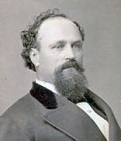






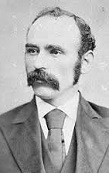














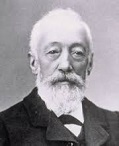
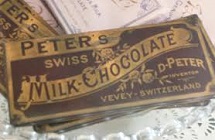
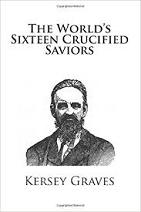







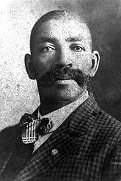


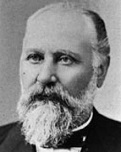






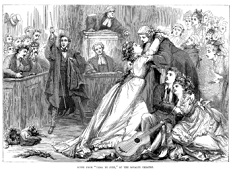

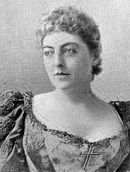





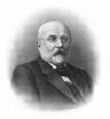
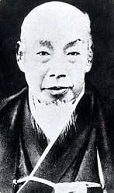






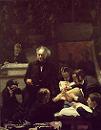

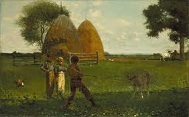


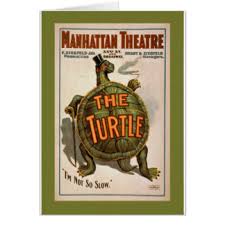
1875 European army sizes: Russia: 3.36M, Germany: 2.8M, France: 412K, Britain: 113K. Pop. of Nicaragua: 373K. The most important world historical event of the year is that Vladimir Lenin is five years old? In 1875-8 the Great Drought causes the Great Indian (Madras) Famine of 1876-8 in India, the N Chinese Famine of 1876-9 and other famines in Africa, SE Asia, Australia, and NE Brazil in 1876-8 that kill 30M-6M incl. 5.5M in India and 9M-13M in China, aided by an El Nino in 1877-8. On Jan. 9 the temp in Denver, Colo. reaches a record low of -29F (-34C) (until ?). On Jan. 11-July 2 the sensational Beecher-Tilton Trial grabs the nation's headlines after nationally-prominent preacher Henry Ward Beecher (1813-87) (brother of Harriet Beecher Stowe) is accused of adultery ("criminal conversation"); in 1871 in Brooklyn Theodore Tilton pounds on the door of his wife Libby's bedroom, accusing her of having a love affair with Beecher, as suffragette Susan B. Anthony allegedly guards her, and the secret is exposed by Virginia Woodhull in 1872, causing the Plymouth Church to back their pastor and boot Theodore Tilton out of the congregation by a 210-13 vote, which prompts Tilton to sue Beecher for $100K for alienating his wife's affections; despite strong evidence that Beecher loves married ladies, the jury deadlocks 9-3 in his favor after 52 ballots, and he claims vindication and ups his lecture fees, making a good living over the next decade hawking Pears' Soap, with the slogan: "If Cleanliness is next to Godliness". On Jan. 26 Pinkerton detectives siege Frank James and Jesse James, who are holed-up in the Reuben Samuel farmhouse in Kearney, Mo., throwing a hollow iron ball filled with flammable fluids into it, killing 9-y.-o. Archie Peyton Samuel (half-brother of the James brothers), mangling the right arm of Zelda Samuel (mother of the James brothers) so badly it requires amputation, and injuring a servant; the James brothers are unharmed. On Jan 30 the U.S.-Hawaii Reciprocity Treaty is signed, giving free acess to the U.S. sugar and other markets for products grown in Hawaii for seven years in return for granting the Pu'u Loa area in Oahu to the U.S., which sets up the Pearl Harbor naval base; in Sept. 1876 the first shipment of sugar from Hawaii arrives in San Francisco, Calif., after which American investors begin pumping large investments into Hawaiian sugar cane plantations, led by San Francisco sugar refiner Santa Claus Sprinkles, er, Adolph Claus J. Spreckels (1828-1908), who develops a monopoly on Hawaiian sugar by 1882 (24M tons/year of raw sugar), founding the nat. sugar trust in the 1890s and renaming his co. the Western Sugar Refinery, pissing-off Hawaiian planters, who in 1906 establish the Calif. and Hawaiian Sugar Co. (C&H) in Crockett, Calif., breaking Spreckels' stranglehold on the sugar refining business, causing his Western Sugar Refinery to fold in 1951. In Jan. the U.S. Congress passes the U.S. Specie Resumption Act of 1875 before the Repubs. relinquish control of the House, letting people turn in their greenbacks starting Jan. 1, 1879 for gold after the Treasury has time to build a gold reserve; in 1874 the Nat. Greenback (Independent) (Labor) Party is formed by opponents of this Act. On Feb. 17 the SS Gothenburg leaves Darwin, Australia en route to Adelaide, and is wrecked on Feb. 24 by a cyclone-strength storm on the Great Barrier Reef NW of Holbourne Island on the N Queensland coast, killing 100 of 122 passengers and crew. On Feb. 21 British explorer-diplomat-interpreter Augustus Raymond Margary (b. 1846) is murdered in Yunnan, China near the Burmese border by local tribesmen while serving with a British railway survey team, pissing-off the British govt., who demand and get an indemnity of 700K taels of silver, four more treaty ports, and a mission sent to apologize to Queen Victoria - instantly the chimp throws his excrement at whom? On Mar. 1 Pres. Grant signs the 1875 U.S. Civil Rights (Enforcement) (Force) Act, promising, er, guaranteeing, er, equal rights to African-Ams. in public accommodations and jury duty; on Oct. 15, 1883 the U.S. Supreme (Waite) Court rules 8-1 to invalidate it, and no more civil rights laws are passed for over 50 years (1957), giving white supremacists a free ride. On Mar. 3 the U.S. Page Act of 1875 is passed, sponsored by U.S. Rep. (R-Calif.) (1873-83) Horace Francis Page (1883-90), becoming the first restrictive federal immigration law, barring entry of "undesirables" incl. Chinese, Japanese, and "Mongolian" contract (forced) (coolie) laborers, along with felons and prostitutes to the White Is Right U.S., imposing a $2K fine and one year prison sentence for anyone who tried to bring a person from China, Japan or any Asian country to the United States "without their free and voluntary consent, for the purpose of holding them to a term of service"; too bad, only the ban on female Asians is heavily enforced. On Mar. 15 Pope Pius IX names New York archbishop #2 John McCloskey (1810-85) as the first U.S. cardinal. In Mar. Catalonian Gen. Ramon Cabera y Grino (Ramón Cabrera y Griñó) (1806-77), former hero of the First Carlist War of 1833-9, who ended up in a long exile in England suddenly flops and calls on pretender Don Carlos and his adherents to submit to the monarchy of Alfonso XII, who gives him the rank of capt.-gen. and the title of Count of Morella, causing the Carlists to call him a traitor and demote him but lose their mojo; he croaks in London on May 24, 1877. On Apr. 7 Hindu scholar Swami Dayananda Saraswati (1824-83) founds the Arya Samaj ("Society of Nobles") in Bombay, India, a Hindu reform movement condemning idol worship, animal sacrifices, and temple offerings, priestcraft, the caste system, untouchability, child marriages, and discrimination against women, causing Hinduism to come into vogue in the Western world - annihilate your samsara, you dharma bums, and attain Nirvana? On Apr. 17 Hawaii ratifies a Treaty of Reciprocity with the U.S. On Apr. 21 Avondale, County Wicklow-born Charles Stuart (Stewart) Parnell (1841-91) enters the British House of Commons for Meath at age 29, and quickly establishes a rep. for being anti anything English, and head of the Home Rule lobbyists, followed by pres. of the Nationalist Party in 1877, and leader of the Irish Parliamentary Party in 1882-91, becoming a hero and "uncrowned king of Ireland" to the Irish masses, who treat him like a Messianic figure, kissing his hands and knees and trying to touch his clothes; too bad, he gets involved in a divorce in 1890, pissing-off the good Roman Catholics, who had up till then ignored the fact that he was Protestant, causing him to die an early death in 1891; meanwhile in 1878 the Irish Nat. Land League, founded by Parnell and ex-Fenian Michael Davitt (1846-1906) in favor of poor tenant farmers against landlordism starts a boycott of English goods and English landlords, holding "monster meetings" to protest the stankin' English, with the motto "Fair rent, free sale, fixity of tenure" (3Fs). On May 7 Hamburg mail steamship Schiller sinks in the fog in the Sicily Isles, killing 200. On May 25 the Unyo Maru Incident is started by Japanese vessels sailing provocatively into Pusan, Korea accompanied by gunboat Unyo Maru, after which two more warships arrive within two weeks; after showing off their loud big guns they finally leave on June 20 and arrive in Nagasaki on July 1. In May after the German Social Dem. Party (SDP) is formed with the pub. of its Gotha Program, calling for the creation of "socialistic productive associations" rather than nationalization of the means of production, Karl Marx responds with his Critique of the Gotha Program, containing the soundbyte "dictatorship of the proletariat", and talking about the transition from Capitalism to Communism, proletarian internationalism, and the party of the working class; he clarifies Socialism as paying workers based on their deeds, and Communism as paying them based on their needs. On June 17 after his first shop was destroyed in the Great Chicago Fire of 1871, Sanders Chocolates is founded in Detroit, Mich. by German immigrant Frederick Sanders Schmidt, allegedly inventing the ice cream soda for customers in summer 1876; in 1891 he opens the Pavilion of Sweets, with a red-white awning and tower resembling a Muslim mosque, going on to specialize in hot fudge and caramel toppings for ice cream, along with the Hot Fudge Cream Puff and the Bumpy Cake (1912) (devil's food cake with rows of buttercream on top, covered in chocolate ganache); Henry Ford works for them for a time as a mechanic. On July 9 the Herzegovina Revolt (Uprising) (ends Aug. 4, 1877) sees Christian peasants revolt against Muslim rule, spreading to Bosnia, and marked by massacres by both sides, with the rebels drawing men and arms from Serbia, Montenegro, and Hungary, causing intervention of the Euro powers (Austria, Russia, Germany); on Dec. 20 Russia and Austria demand that the Ottomans reduce taxes, provide religious freedom for Christians, and help peasants purchase land, with Euro oversight; after the sultan accepts but the rebels reject the plan, the Ottomans come down on them hard, causing thousands of Christians to flee, pissing-off the Euro powers more; Disraeli supports the three powers but balks at putting pressure on Turkey for fear of Russia gaining control of the Suez Canal. On July 19 the Parliament of Canada Act is ratified. On Oct. 1 Brigham Young U. is founded by the Mormons in Provo, Utah, becoming the largest religious univ. in the U.S.; it goes on to house the flagship Mormon Missionary Training Center in 1978. On Oct. 20 Liberal Party founder Kalman Tisza de Borosjeno (1830-1902) becomes PM of Hungary (until Mar. 13, 1890), forming a consolidated Magyar govt. and enacting economic reforms that give the govt. popular support. In Oct. the Ottoman govt. declares bankruptcy, with a total nat. debt of 242M Turkish pounds and over half of expenditures going toward debt service. On Nov. 2 British resident #1 in Perak, Malayasia (since Nov. 4, 1874) James Wheeler Woodford Birch (b. 1826) is murdered (speared) in his bath by local chief Dato Maharajalela and his friend Sepuntum after he gets private stock; the Perak Revolt (begun 1873) is finally suppressed, Dato and Septunum hung, and the admin. shifted to Taiping. On Nov. 4 King George Tupou I of Tonga enacts a constitution guaranteeing civil liberties, which allows it to maintain its sovereignty into the 20th cent. (with British supervision). On Nov. 4 U.S. steamship Pacific collides with another ship and sinks 30 mi. SW of Cape Flattery, killing 236. On Nov. 16 the Egyptians are defeated by the Ethiopians at the Battle of Gundet. On Nov. 22 U.S. vice-pres. (since 1873) Henry Wilson (b. 1812) dies from a stroke; he was born in the same year that the first veep to die (George Clinton) died. In Nov. Russian-born Madame Helena Petrovna Blavatsky (1831-91), Irish-born William Quan Judge (1851-96) and Orange, N.J.-born Henry Steel Olcott (1832-1907) (first well-known person of Euro ancestry to convert to Buddhism) found the Theosophical Society in New York City for the "study and elucidation of Occultism, the Cabala etc.", founding a branch in Bombay, India in 1879, and another in Ceylon (Sri Lanka) in 1880; Blavatsky begins wowing audiences with demonstrations of psychic phenomena, until the Society for Psychical Research exposes her as a fraud in 1884?; Blavatsky popularizes Past Life Regression; Olcott's disciple Anagarika ("homeless one") Dharmapala ("protector of the dharma") (1864-1933) goes on to revive Buddhism in Sri Lanka and India, and combine it with nationalism. On Dec. 2 Alabama ratifies a new constitution. Unable to find a king, France sets up a permanent repub. with a pres., PM and cabinet, a council of ministers, and two lawmaking bodies, incl. a Chamber of Deputies elected by all adult males; the French Third Repub. goes on in the 1920s and 1930s to become known for fratricidal factionalized chameleon parties that give all the contenders a chance at office, usually for a few weeks. In Britain the Public Health Act, part of Disraeli's "sanitas sanitatum, omnia sanitas" program ("a policy of sewage", according to the Liberals) reorganizes Britain's sanitary admin. Emperor (since 1861) Tong Zhi (Tung-chih) (b. 1856) dies without an heir, and his 4-y.-o. cousin (nephew of empress dowager Cixi) Guang Xu (Kwang-su) (Kwang Hsu) (Qing De Zong) (1871-1908) becomes Qing (Manchu) emperor #9 of China, with his uncle Prince Gong as regent (until 1889) under the supervision of supermom empress dowager Cixi, who stays in charge and surrounds herself with good advisers. The Prince of Wales (future King Edward VII) visits India. Brazilian troops begin withdrawing from Paraguay (finished 1876). Pedro Joaquin Chamorro Alfaro (1818-90) becomes pres. of Nicaragua (until 1879), working to keep the Chamorro and other elite familias in power. In 1875 Chinese minister Zuo Zongtang (1812-85) suppresses the Tungans of the N Tianshan region, who had been in revolt since 1862, then next year begins reconquering independent Kahsgaria, based in the E Turkestan Silk Road city of Kashgar, killing its leader Mohammed Yakub (Yaqub) Beg (1820-77), then organizes both areas into Xinjiang (Chin. "new territory") in NW China, with capital at Urumchi (Urumqi) (world city farthest from a sea, home to the fair-haired Urumchi Mummies), which becomes a province in 1884, and ends up plagued by separatist Muslims (until ?). Benjamin Disraeli gets a secret £4M loan from Lord Rothschild to buy 176,602 Suez Canal shares (nearly half of the total) from Egyptian khedive Ismael, forestalling French attempts to obtain them; the public acclaims this move as a master stroke of imperial policy; William Gladstone laments the purchase as a mistake involving Britain in the murky affairs of the Middle East - is there a secret conspiracy among Jews to get Britain to take over the Middle East so that it can hand them Palestine? 20K+ Indians (Sioux, Cheyenne, Arapahoe) meet with a U.S. govt. commission trying to buy or lease the Black Hills, and roundly reject all offers; Crazy Horse sends spokesman Little Big Man, who threatens to kill any Indian advocating the selling of the land, while Hunkpapa Sioux medicine chief Sitting Bull (1831-90) says he would not sell the white man even a pinch of dust, causing the shooby-dooby-do commissioners to tell Congress to take the area by force, pissing-off the Indians, who attack prospectors; on Dec. 3 the U.S. govt. sends an order to all Sioux and Cheyennes to report to their reservations by next Jan. 3 or be considered outlaws, even though winter conditions make it impossible to comply, and they soon send an army to invade and kill them - so you're telling me my father was Dr. Frankenstein? The U.S. Supreme Court rules ?-? in Chy Lung v. Freeman that immigration is under federal purview, countering a statement in a letter to Congress by Pres. Ulysses S. Grant that "Responsibility for immigration can only belong with the States since this is where the Constitution kept the power." Earthquakes strike Colombia and Venezuela. Japan acquires the Kuril Islands from Russia (until 1945). The Ottoman govt. repudiates the interest on huge loans raised in W Europe, leading to foreign control over part of the Ottoman revenues. Japanese courts of law are reformed. A party of 6K Mennonites colonizes the Red River area of Canada. Between this year and 1883 Black Bart (Charles E. Bowles) (b. 1829), a retired miner who lives in the 300 block of Bush St. in San Francisco robs 29 stagecoaches; he only robs when he needs to, walking to and from Gold Country to rob stagecoaches with an unloaded shotgun, never taking valuables from passengers, saying "I only rob Wells Fargo - I don't rob from the common folk"; on his 4th robbery he begins leaving poetry signed "PO8" (poet); on his last robbery he drops a handkerchief with a laundry mark, causing him to be found out, after which he walks into the laundry when the detective is present, and is taken to Wells Fargo HQ at 420 Montgomery St.; he serves four of a 6-year sentence at San Quentin Prison, then tells reporters "No, gentlemen, I'm all through with crime"; he is last seen on Feb. 28, 1888 at the Nevada House, disappearing and leaving his belongings behind. Former Civil War Union gen. and R.I. gov. Ambrose Burnside becomes U.S. Sen. until his death (1881) - those sideburns are crowd pleasers? The U.S. govt. brings in 75 camels to help the Army carry heavy loads in the dry Southwest; they are a big success until superseded by the railroad. Religious orders are abolished in Prussia. French balloonist Gaston Tissandier reaches a record alt. of 8.6KM in Apr.; too bad, his two companions die from lack of oxygen, and he becomes deaf. The U.S. govt. purchases Mathew B. Brady's Civil War photo collection. The first state agricultural experimental station is established in Conn. Wyatt Earp takes the job of deputy marshal in Wichita, Kan., an exciting and glamorous job mainly consisting of picking up dead animals, inspecting chimneys for fire hazards, and sweeping sidewalks (ends 1876); he allegedly carries a long-barreled Buntline Special pistol designed by Ned Buntline (Edward Zane Carroll Judson) (1823-86). Am. Express implements the first private pension plan in the U.S. Britain's first main sewer system is completed. The city of Calgary in Alberta, Canada (modern-day pop. 1.2M/1.4M) at the confluence of the Bow and Elbow Rivers 50 mi. E of the Canadian Rockies Front Range is founded as a Northwest Royal Canadian Mounted Police post; in 1883 the Canadian Pacific Railway (CPR) reaches the city, causing it to grow; on Nov. 7, 1884 it is incorporated as a town, and as a city on Jan. 1, 1894; in 1996 the CPR HQ moves there from Montreal. The city of Vancouver in British Columbia, Canada is first settled (modern pop. 1.8M); originally called Granville. The Turkish port of Izmir is modernized with British and French backing. The crew of the Canadian bark Lennie mutinies and murders the officers, but spares the steward so he can navigate them to Spain; he instead steers them to France, dropping bottles with messages about them, one of which is found by French authorities, causing their arrest. Egypt adopts the Gregorian Calendar. English social reformer Miranda Hill (1836-1910) (twin sister of Octavia Hill) founds the Kyrle Society, named after philanthropist John Kyrle (1637-1724), "the man of Ross" to provide the working poor with art, books and open spaces, with the motto "Bring Beauty Home to the Poor". St. Joseph U. is founded in Beirut, Lebanon by French Jesuits, becoming a top academic institution in the Middle East. Georg August Schweinfurth founds the Egyptian Inst. (Institut Egyptien) in Cairo under a commission from the Egyptian khedive. Baron Emmanuel Rey et al. found the Societe de l'Orient in Geneva, which pub. Revue de l'Orient Latin. Herman Ridder (1851-1915) begins pub. Catholic News in New York City, which in 1974 becomes Knight-Ridder Newspapers. J.M. Thatcher, dir. of the U.S. Patent Office sends in his resignation effective Oct. 1, claiming that there is nothing left to invent and that the dept. should be closed. About this time American Realism emerges, which tries to vie with photography by portraying immigration-filled America as it is. About this time the Italian lit. movement of Versimo (It. "realism", inspired by French naturalism is founded by Giovanni Verga (1840-1922) and Luigi Capuana (1839-1915) (until 1895), and adopted by composers Ruggero Leoncavallo (1857-1919), Pietro Mascagni (1863-1945), Giacomo Puccini (1858-1924) et al. Philanthropist Lydia Moss Bradley (1916-1908) becomes the first female member of a U.S. nat. bank board, the First Nat. Bank of Peoria, Ill., also becoming the first U.S. woman to draft a prenuptial agreement to protect her assets, going on to found Bradley U. (originally Bradley Polytechnic Inst.) in Peoria, Ill. in 1897. After beating his owner during the U.S. Civil War and escaping to Indian Territory and learning their languages, former African-Am. slave Bass Reeves (1838-1910) is appointed a deputy U.S. marshal by new U.S. marshal James F. Fagan, becoming the first black deputy to serve W of the Mississippi River, going on to work In Indian Territory for 32 years (until 1907), arresting 3K+ felons. English actor Maurice Barrymore (1849-1905) makes his Broadway debut in Dec. in Pique, meeting Philly-born cast member Georgiana Emma "Georgie" Drew (1856-93), then getting married on Dec. 31, 1876, and going on to have the famous Barrymore acting family of Lionel Barrymore (1878-1954) (Macbeth and films), Ethel Barrymore (1879-1959) (Ophelia and Portia), and John Barrymore (1882-1942) (Hamlet), grandfather of Drew Barrymore (1975-). French actress Gabrielle Rejane (Réjane) (1856-1920) makes her debut at the Theatre Vaudeville in Paris, going on to become a big hit in France, the U.K., and the U.S. Alice Ellen Terry (1847-1928) (great-aunt of Sir John Gielgud) becomes a big hit as Portia in Shakespeare's "The Merchant of Venice" in the Prince of Wales' Theatre in London, causing Oscar Wilde to write: "No woman Veronese looked upon/ Was half so far as thou whom I behold"; in 1878 Henry Irving takes over the Lyceum Theatre in London as mgr. and partners with her, playing Hamlet to her Ophelia in "Hamlet", followed by Shylock to her Portia in "The Merchant of Venice" in 1879, becoming the first to give Jewish merchant Shylock a dignified treatment, followed by "Othello" (1880), "Romeo and Juliet" (1881), "Much Ado About Nothing" (1882), "Twelfth Night" (1884), "Macbeth" (1884) (w/music by Arthur Sullivan), "Henry VIII" (1892), "King Lear" (1892), "Cymbeline" (1896), and "Coriolanus" (1902); they go on to become the #1 Shakespearean actor and actress in Britain, touring Britain, Canada, and the U.S. The Hermes of Praxiteles (330 B.C.E.) is excavated in Olympia, Greece. The ancient statue of Nike of Paeonios (goddess of victory) by 5th cent. B.C.E. Thracian sculptor Paeonius (c. 420 B.C.E.) is excavated in Olympia, Greece by the German School. J. Bulova Co. is founded in New York City by Bohemian immigrant Joseph Bulova (1851-1936); it is reincorporated in 1923 as Bulova Watch Co., and acquired by the Loews Corp. in 1979, which sells it to Citizen in 2007. Japanese inventor ("the Thomas Edison of Japan") Tanaka Hisashige (1799-1881) founds Tanaka Engineering Works, which eventually becomes Tokyo Shibaura Denki AKA Toshiba. The wondrous 80-proof orange-flavored triple sec liqueur Cointreau is introduced by brothers Adolphe Cointreau and Edouard-Jean Cointreau in Angers, France. Sports: On Mar. 3 the first indoor ice hockey game is played at the Victoria Skating Rink in Montreal, Quebec, Canada (opened in 1862), organized by James George Aylwin Creighton (1850-1930), who captains the team that wins over the one led by Charles Torrance 2-1, causing ice hockey to begin catching on in Canada; on Feb. 27, 1877 he pub. the first rules for ice hockey in The Gazette, which are virtually identical to those for field hockey; the ice surface dims. of the Victoria Skating Rink are made the std.; originally ice hockey is played with seven players on each side, incl. the goaltender, two defencemen, three forwards, and the rover, who roams the ice at will; the rover is dropped by the Nat. Hockey Assoc. in 1910 and the Nat. Hockey League in 1917, but kept by the Pacific Coast Hockey Assoc. is founded, and the Western Canada Hockey League in 1921; the first Olympic ice hockey tournament in 1920 uses a rover, after which it is elminated; in 1923 the PCHA and WCHL also eliminate it. On May 17 the first 1-1/4 mi. (10 furlong) Kentucky Derby for 3-y.-o. Thoroughbred horses is run at Churchill Downs (Louisville Jockey Club) in Louisville, Ky. in front of 10K cheering fans, organized by Col. Meriwether Lewis Clark Jr. (1846-99), grandson of Gen. William Clark of Lewis and Clark fame; winner is Aristides (1872-93), who later comes in 2nd at the Preakness Stakes; on May 19 the Kentucky Oaks for Throughbred fillies at Churchill Downs at Louisville, Ky. is first run, modeled on the English Epsom Oaks; winner is Vinaigrette, who wins a purse of $1,175; it's now run on the Fri. before the Kentucky Derby, and has a $500K purse plus a garland of "Lillies for the Fillies". On Aug. 24-25 Capt. Matthew Webb (1848-83) swims the English Channel from Dover to Cape Griz Nez (Calais), France in 21 hr 45 min., getting lauded as the Hercules of his day - the original Jack Lalanne? On Nov. 13 the Harvard Crimson and Yale Bulldogs football teams meet for the first time, with Harvard winning 4-0, becoming an annual contest known as The Game, the first athletic rivalry in Am. intercollegiate athletics; Walter Camp is among the 2K spectators, and enrolls at Yale next year, bringing Harvard's style of play with him; ditto for Princeton; in 1876 Harvard freshman Theodore Roosevelt attends the 2nd game, uttering the soundbyte: "In life as in football, the principle to follow is hit the line hard", waxing lyrical on football's "manly virtues", becoming football's savior in the early 20th cent. The Nat. Bowling Assoc. is founded in New York City by 27 local bowling clubs, with "Father of Bowling" Thomas Curtis, later (1888) mgr. of the Elephant Club in Bedford, Brooklyn writing the first bowling rules, establishing the distance between the foul line and the pins at 60 ft., regulating ball size, etc., but failing to agree on other rules; it is superseded in 1895 by the Am. Bowling Congress (ABC). iThe first roller-skating rink opens in London. Harvard student sprinter August Belmont Jr. (1853-1924), son of banking tycoon August Belmont Sr. introduces spiked shoes to U.S. track and field. New Haven, Conn. first baseman Charles C. Waite becomes the first baseball player to wear gloves in a game (against Boston); hoping nobody would notice, they're flesh-colored; in 1877 A.G. Spalding begins selling them; in 1895 the NL issues its first regs on glove size. The first U.S. ski club is founded in Berlin, N.H. The Nat. Bowling Assoc. (NBA) is founded in New York City by 27 local bowling clubs, establishing the distance between the foul line and the pins at 60 ft., regulating ball size, etc., but failing to agree on other rules; it is superseded in 1895 by the Am. Bowling Congress (ABC). Architecture: Felixstowe Port in Suffolk, England is created by the Felixstowe Railway and Pier Act, which causes a 13-mi.-long railway to be built from Ipswich. Kurfurstendam (Kurfürstendamm) (K'Damm) street in Berlin is turned from a bridlepath into a major blvd. by chancellor Otto von Bismarck, becoming known as the Champs Elysees of Germany. The Manhattan Theatre (originally the Eagle Variety Theatre, then the Standard Theatre in 1878-98) at 102 West 33rd St at Sixth Ave. and 33rd St. across from Greeley Square (cap. 1.1K) opens, becoming the home of authorized U.S. debuts of many Gilbert & Sullivan operas, featuring actors Fred Billington, Marie Fedor, Minnie Maddern Fiske, Courtice Pounds, Emily Stevens, Tyron Power St., George Thorne, and Geraldine Ulmar; on Oct. 10, 1881 it debuts Gilbert & Sullivan's comic opera Patience (177 perf.), making $100K in 1907 it switches to movies, becoming the first New York City theater to show movies as the main attraction, adding several vaudeville acts to justify the 10 cent admission price; in 1909 it is demolished to make way for the Gimbels dept. store. Inventions: The first Pneumatic Air Tube Cash Carrier is patented by D. Brown. The first elevators ("rising rooms") are installed in the Palace Hotel in San Francisco, Calif. Thomas Edison invents the Mimeograph. Daniel Peter (1836-1919) of Vevey, Switzerland invents Milk Chocolate by adding powdered milk, founding a co. to market Peter's Swiss Milk Chocolate that in 1879 merges with neighbor Henri Nestlé (Nestle). The pseudo-science of Graphology is invented by ? - tall l's are proud like Napoleon, a's open at the bottom mean bottom feeder like Jeffrey Dahmer, huge p's are pugilistic like Al Capone's? Science: Which chemical element is named for a cock? Using zinc blende from the Pyrenees, French chemist Paul-Emile (Francois) Lecoq de Boisbaudran (1838-1912) discovers the metallic element Gallium (#31) (Ga), which resembles aluminum but can be cut with a knife (melting point 30.15 deg C), right where Mendelyeev had predicted an element with these properties would be found in a gap in the Periodic Table; he suggests the name "eka aluminum" for it, but the name gallium is chosen as a pun on the Latin word gallus (cock). George R. Carey of Boston, Mass. proposes a television system. In 1875 -8 German botanist August Wilhelm Eichler (1839-87) pub. Bluthendiagramme (Blüthendiagramme) (2 vols.), announcing the Eichler System, which classifies the spermatophytes (seed-producing plants) of the plant kingdom into the subkingdoms of non-floral cryptogams (Gr. "kryptos" + "gameo"= hidden + marry (hidden sexual organs)), and land-based more advanced floral phanerogams (Gk. "phaneros" = visible) (visible sexual organs), becoming the first phylogenetic classification , i.e., incorporating the concept of evolution; he subdivides the phanerogams into angiosperms and gymnosperms, and the angiosperms into monocotyledons and dicotyledons. Am. chemist-physicist ("Founder of Chemical Thermodynamics") Josiah Willard Gibbs (1839-1903) of Yale U. pub. the Gibbs Phase Rule, applicable to the phases of water, carbon dioxide, etc.: f = c - p + 2, i.e., number of degrees of freedom (number of intensive state variables that can be independently varied without changing the number of phases) equals the number of components - number of phases + 2; thus, for a 1-component system, f = 3 - p, and if there is just one phase in equilibrium it takes a 2-dim. graph to describe it (P vs. T, P vs. V), if there are two it takes a 1-dim. "tie line", and for three phases in equilibrium there is a 0-dim. "critical point". The first English account of D.I. Mendelyeev's work is pub. in the London Chemical News in Dec.; his 1871 paper is first trans. and pub. in this journal in 1879-80. Danish philologist Karl Adolph Verner pub. Verner's Law, explaining exceptions to Grimm's Law by variation of accent. Nonfiction: John Elliott Cairnes (1823-75), The Character and Logical Method of Political Economy; 2nd ed. 1888. Felix Dahn (1834-1912), King Roderick. Charles Darwin (1809-82), Climbing Plants. Edward Dowden (1843-1913), Shakespeare: A Critical Study of His Mind and Art; introduces the Arc of Shakespeare's Life, starting with the happy comedies in the 1590s, the dark night of the soul and great tragedies in the early 1600s, and the serene last romances at the end of his career. Science + fiction + religion = the key to what's in your wallet? Mary Baker Glover Eddy (1821-1910), Science and Health with Key to the Scriptures; "Nothing is real and eternal, - nothing is Spirit, - but God and His idea. Evil has no reality. It is neither person, place, nor thing, but is simply a belief, an illusion of material sense"; "Human philosophy has made God manlike. Christian Science makes man Godlike. The first is error; the latter is truth. Metaphysics is above physics, and matter does not enter into metaphysical premises or conclusions. The categories of metaphysics rest on one basis, the divine Mind"; "Since God is All, there is no room for His unlikeness. God, Spirit, alone created all, and called it good. Therefore evil, being contrary to good, is unreal, and cannot be the product of God"; The word Adam is from the Hebrew adamah, the red color of the ground... Divide the name into two syllables, and it reads, a dam, or obstruction... a dam is not a mere play upon words; it stands for obstruction, error, even the supposed separation of man from God, and the obstacle which the serpent, sin, would impose between man and his creator"; "The floral apostles are hieroglyphs of Diety"; "For twelve years... I had been under the care of a physician much of the time... I was healed through reading... Mrs. Eddy. It was a clear case of transformation of the body by the renewal of the mind" (J.M.H., Omaha, Neb.) - all is Mind, except money, that's figures in my bank statement? Warren Felt Evans (1817-89), Soul and Body. Camille Flammarion (1842-1925), Les Marveilles Celestes. Sir Francis Galton (1822-1911), History of Twins - Ahnuld and Danny Devito? Josiah Willard Gibbs (1839-1903), On the Equilibrium of Heterogeneous Substances (1875-6); pub. in "Transactions of the Conn. Academy of Sciences"; the Gibbs phase rule. William Gladstone (1809-98), Vaticanism: An Answer to Reproofs and Replies; how the Roman Catholic Church is "an Asian monarchy: nothing but one giddy height of despotism, and one dead level of religious subservience" that hides "crimes against liberty beneath a suffocating cloud of incense." Science + debunking religion as fiction = $$$? Kersey Graves (1813-83), The World's Sixteen Crucified Saviors; Or, Christianity Before Christ, Containing New, Startling, and Extraordinary Revelations in Religious History, which Disclose the Oriental Origin of All the Doctrines, Principles, Precepts, and Miracles of the Christian New Testament, and Furnishing a Key for Unlocking Many of Its Sacred Mysteries, Besides Comprising the History of 16 Heathen Crucified Gods; becomes a hit on the U.S. Freethinker lecture circuit even though the scholarship doesn't stand up to later scrutiny; he might be right but just lacks the documentation?; fans incl. Madalyn Murray O'Hair; "I desire to impress upon the minds of my clerical brethren the important fact, that the gospel histories of Christ were written by men who had formerly been Jews (see Acts xxi. 20), and probably possessing the strong proclivity to imitate and borrow which their bible shows was characteristic of that nation; and being written many years after Christ's death, according to that standard Christian author, Dr. Lardner, it was impossible, under such circumstances, for them to separate (if they had desired to) the real facts and events of his life from the innumerable fictions and fables then afloat everywhere relative to the heathen Gods who had pre-enacted a similar history. Two reasons are thus furnished for their constructing a history of Christ almost identical with that of other Gods." Octavia Hill (1838-1912), Homes of the London Poor. Heinrich Laube (1806-84), Gesammelte Schriften (16 vols.) (1875-82). Emile Laveleye, Le Protestantisme et le Catholicisme. Sir Gaston Camille Charles Maspero (1846-1916), L'Histoire Ancienne des Peuples de l'Orient Classique; first attempt to describe the relation between the ancient peoples of W Asia and the Nile River Valley. Jean Jacques Elisee Reclus (1830-1905), Nouvelle Geographie Universelle, la Terre et les Hommes (New Universal Geography, Land and People) (19 vols.) (1875-94); giant hit in France and England. Leopold von Sacher-Masoch (1836-95), The Ideals of Our Time; Germany during its Grunderzeit period (before the 1873 stock market crash). Dayanand Saraswati (1824-83), Satyarth Prakash (The Light of Truth); internat. hit.; contains a comparative analysis of religions, esp. slamming Islam; "The object aimed at by this criticism is to contribute to the elevation of the human race and to enable all men to sift truth from falsehood by giving them some idea of the teachings of various prevalent religions, as this will afford them opportunities for friendly discussions so useful in helping men to point-out their defects and to appreciate their merits"; "Having thus given a cursory view of the Koran, I lay it before the sensible person with the purpose that they should know what kind of a book the Koran is. I have no hesitation to say that it cannot be the work of either God or of a learned man, nor can it be a book of knowledge. Here its very vital defect has been exposed with the object that people may not waste their life falling into its imposition. The Koran is the result of ignorance, the source of animalization of human beings, a fruitful cause of destroying peace, an incentive to war, and propagator of hostility among men and a promoter of suffering in society. As to defect of repetition, the Koran is its store." Heinrich Schliemann (1822-90), Troy and Its Remains. Georg August Schweinfurth, Artes Africanae. Balfour Stewart (1828-87) and Peter Guthrie Tait (1831-1901), The Unseen Universe; Or, Physical Speculations on a Future State of Eden; pub. anon.; claims no incompatibility between science and religion; William James' review of it first advances his "Will to Believe" doctrine. John Gilmary Shea (1824-92), The Life of Pius IX and the Great Events in the History of the Church During His Pontificate. Anthony Trollope (1815-82), The Way We Live Now. Mark Twain (1835-1910), Roughing It (autobio.); his years during the U.S. Civil War when he went to the Am. West to make his fortune prospecting silver and ended up a wisecracking reporter. Adolphus William Ward (1837-1924), History of English Dramatic Literature to the Age of Queen Anne (3 vols.); his most popular work; rev. ed pub. in 1899. Walt Whitman (1819-92), Memoranda During the War; his experiences as a volunteer Army nurse. Music: Georges Bizet (1838-75), Carmen (opera) (Opera-Comique, Paris) (Mar. 3); libretto by Ludovic Halevy and Henri Meilhac; based on the 1845 novel by Prosper Merimee (1803-70); gypsy Carmen, bullfighter Escamillo, Don Jose, and Micaela; incl. Toreador, en Garde (Escamillo's Aria) (Toreador Song), L'Amour est un Oiseau Rebelle (Carmen's Habanera) (Love Is Like a Rebellious Bird), Pres des Ramparts de Seville (Seguidilla), Les Tringles des Sisters Tintaient (Gypsy Song); stars mezzo-soprano Celestine Galli-Marie (Célestine Galli-Marié) (1840-1905) as Carmen (salary 2.5K francs per mo.), who smokes cigs and catfights over lover Don Jose, played by tenor Paul Lherie (Lhérie) (1844-1937); baritone Jacques Joseph Andre Bouhy (1848-1929) plays Escamillo, and Marguerite Chapuy plays Micaela; the debut is a failure with Parisian critics for being too risque, and it almost closes after 4-5 performances, then fills the house for 37 performances, after which it is kept going for 48 performances by giving away tickets; on June 3 Bizet (b. 1838) dies thinking it's a flop, after which it debuts in Vienna in Oct. and becomes a big hit, although Opera Comique won't stage it again until 1883. Ignaz Brull (1846-1907), Das Goldene Kreuz (The Golden Cross) (opera) (Berlin) (Dec. 22); big hit; makes him a star in Europe and England. Antonin Dvorak (1841-1904), Vanda, Op. 25 (opera) (Provisional Theatre, Prague) (Apr. 17) (Easter Mon.); Vanda, daughter of deceased Polish prince Krak, her sister Bozena, Cracow knight Slavoj, bard Lumir, sorceress Homena, and German prince Roderich. Karl Goldmark (1830-1915), Die Konigin (Königin) von Saba (opera) (Vienna). Peter Tchaikovsky (1840-93), Piano Concerto No. 1, Op. 23 (Boston); incl. the super-popular Tonight We Love. Art: Carl Heinrich Bloch (1834-90), The Massacre of the Innocents; as seen from a doorway. Arnold Bocklin (1827-1901), Flora; The Honeymooners. Thomas Eakins (1844-1916), The Gross Clinic; 96" x 78"; his masterpiece, portraying an operation by Philly surgeon Dr. Samuel D. Gross (1805-84) in the Jefferson Medical College amphitheater removing disease bone from a patient's thigh, which is exhibited at the U.S. Army Post Hospital exhibit at the 1876 Centennial Exposition; a reviewer called it "a great work - we know of nothing greater that has ever been executed in America", although the public is mainly grossed-out and ambivalent, with the New York Tribune writing the soundbyte: "No purpose is gained by this morbid exhibition, no lesson taught"; after which he sells it to the college for a measly $200; it is sold in 2006 for $68M to the Philly Museum of Art. Luke Fildes (1843-1927), The Widower (1875-6). Henry Peters Gray (1819-77), The Birth of Our Flag. Winslow Homer (1836-1910), Weaning the Calf; portrays an Am. black as self-reliant and independent. Jule Joseph Lefebvre (1836-1911), Chloe. Adolf Menzel, The Steel Mill. Claude Monet (1840-1926), Manet Boating at Argenteuil (pr. ar-zhan-TOE-ee) (on the Seine River NW of Paris). James Tissot (1836-1902), Lilacs. James Abbott McNeill Whistler (1834-1903), Nocturne in Black and Gold: a Falling Rocket. Archibald MacNeal Willard (1836-1918), The Spirit of '76 (Yankee Doodle); the classic painting showing two drummers and a fife player marching in battle playing "Yankee Doodle", based on a parade he saw in Wellington, Ohio; exhibited at the Centennial Exhibition; uses his father as the model for the middle drummer figure. Poetry: Sir Edwin Arnold (1832-1904), Indian Song of /Songs. Wilfred Scawen Blunt (1840-1922), Sonnets and Songs of Proteus. Robert Browning (1812-89), Aristophanes' Apology; The Inn Album. William Ernest Henley (1849-1903), Hospital Rimes (In Hospital); written in a hospital while being treated for childhood TB (one of his feet is amputated), and pub. in Cornhill Mag.; incl. Invictus, which contains the soundbyte "I am the master of my fate:/ I am the captain of my soul"; leads to a meeting with Robert Louis Stevenson (1850-94), becoming lifelong friends. Oliver Wendell Holmes Sr. (1809-94), Songs of Many Seasons. Jens Peter Jacobsen (1847-85), Arabesque to a Hand Drawing by Michelangelo; art will replace immortality as the meaning of life. Alice Meynell (1847-1922), Preludes (debut). Lewis Morris (1833-1907), Songs of Two Worlds. William Morris (1834-96), Three Northern Love Songs; Sigurd the Volsung. Margaret Junkin Preston (1820-97), Cartoons. Arthur Pinkham Ryder (1847-1917), Siegfried and the Rhine Maidens. John Godfrey Saxe (1816-87), Leisure Day Rhymes. Novels: William Harrison Ainsworth (1805-82), The Goldsmith's Wife. Pedro Antonio de Alarcon (1833-91), El Escandalo; a defense of the Jesuits. Walter Besant (1836-1901) and James Rice (1843-82), With Harp and Crown (3 vols.). Ricahrd Doddridge Blackmore (1825-1900), Alice Lorraine. Mary Elizabeth Braddon (1837-1915), Hostages to Fortune. Wilkie Collins (1824-89), The Law and the Lady. Carlo Collodi (1826-90), Racconti delle Fate; trans. of fairy tales by Perrault. Dinah Craik (1826-87), The Little Lame Prince and His Travelling Cloak. Fyodor Dostoyevsky (1821-81), A Raw Youth. Millicent Fawcett (1847-1929), Janet Doncaster. Juliana Horatia Ewing (1841-85), Jan of the Windmill. Bret Harte (1836-1902), Tales of the Argonauts. Maurus Jokai (1825-1904), The Romance of the Next Century. Nikolai Leskov (1831-95), At the Edge of the World. Edward Page Mitchell (1852-1927), The Soul Spectroscope (Dec.). Ouida (1839-1908), Signa; poor Italian rises to famous opera composer; Jack London's inspiration. Edward Payson Roe (1838-88), From Jest to Earnest. Leopold von Sacher-Masoch (1836-95), Galician Stories. Jose Maria Eca de Queiroz (1845-1900), The Crime of Father Amaro. Horace Elisha Scudder (1838-1902), The Bodley Books (8 vols.) (1875-87). Mark Twain (1835-1910), Old Times on the Mississippi; his favorite work; pub. in Atlantic Monthly; repub. in "Life on the Mississippi" (1883). Births: Am. silent film producer (founder of Vitagraph Studios) ("Father of American Animation") James Stuart Blackton (d. 1941) on Jan. 5 in Sheffield, Yorkshire, England; emigrates to the U.S. in 1885. German liberal politician-judge Walther Adrian Schucking (Schücking) (d. 1935) on Jan. 6 in Munster, Westphalia; grandson of Levin Schucking (1814-83); brother of Levin Ludwig Schucking (1878-1964) and Lothar Englebert Schucking (1873-1943). Am. Olympic marathon runner Thomas J. Hicks (d. 1963) on Jan. 7 in England; emigrates to Cambridge, Mass. Am. sculptor and art patron-collector Gertrude Vanderbilt Whitney (d. 1942) on Jan. 9 in New York City; daughter of Cornelius Vanderbilt II (1843-99) and Alice Claypoole Gwynne (1852-1934); great-granddaughter of Commodore Cornelius Vanderbilt (1794-1877). German mathematician Issai Schur (d. 1941) on Jan. 10. French-German (Alsatian) "The Quest of the Historical Jesus", "Reverence for Life" humanitarian physician-organist-missionary-theologian (vegetarian) Albert Schweitzer (d. 1965) on Jan. 14 in Kaysersberg (near Strasbourg), Upper Alsace, Germany (later Haut-Rhin Dept., France); educated at the U. of Strasbourg, U. of Paris, and U. of Berlin; authority on J.S. Bach. Am. Olympic athlete Thomas Edmund "Tom" Burke (d. 1929) on Jan. 15 in Boston, Mass. Am. film producer-dir. and silent film pioneer D.W. (David Lewelyn Wark) Griffith (d. 1948) on Jan. 22 in La Grange, Ky. German physicist ("Father of Aerodynamics") Ludwig Prandtl (d. 1953) on Feb. 4 in Freising, Bavaria; educated at the U. of Munich. Am. Universalist minister-hymnodist Henry Wilder Foote (d. 1964) on Feb. 2 in Boston, Mass.; educated at Harvard U. Spanish Capt. Gen. Gonzalo Queipo de Llano y Sierra, 1st Marquis of Queipo de Llano (d. 1951) on Feb. 5 in Tordesillas, Castilla y Leon. Am. centennarian Jeanne Louise Calment (d. 1997) on Feb. 21 in Arles; meets Vincent van Gogh at age 14, and becomes world famous in 1988 at age 113. German writer Ernst Jaeck (Jäckh) (d. 1959) on Feb. 22 in Urach. Am. "I'm Falling in Love with Someone" songwriter-librettist-playwright Rida Johnson Young (d. 1926) on Feb. 28 in Baltimore, Md. Hungarian PM (1918) and pres. (1918-9) Count Mihaly Adam Gyorgy Miklos Karolyi (Mihály Károlyi) de Magykaroly (d. 1955) (pr. MEE-hay KA-ro-yee) on Mar. 4 in Fot. French (Basque) "Bolero" composer (leading exponent of Impressionism) Joseph Maurice Ravel (d. 1937) on Mar. 7 in Ciboure (near Biarritz). Russian psychiatrist Pyotr Borisovich Gannushkin (d. 1933) in Ryazan. Am. "The Scarecrow"" playwright-poet Percy Wallace MacKaye (d. 1956) on Mar. 16 in New York City; educated at Harvard U. South Korean pres. #1 (1948-60) Syngman Rhee (Yi Seungman) (d. 1965) on Mar. 26 in Hwanghae Province. English "King Kong", "J.G. Reeder" novelist Richard Horatio Edgar Wallace (d. 1932) on Apr. 1 in Greenwich, London. Am. Chrysler Corp. founder Walter Percy Chrysler (d. 1940) on Apr. 2 in Wamego, Kan. Am. orchestra conductor Pierre Monteux (d. 1964) on Apr. 4 in Paris, France; becomes a U.S. citizen in 1942. British brig. gen. Sir Gilbert Falkingham Clayton (d. 1929) on Apr. 6. Am. fundamentalist Baptist pastor John Roach Straton (d. 1929) (rhymes with Dayton) on Apr. 6 in Evansville, Ind.; educated at the U. of Chicago. Belgian king (1909-34) Albert I (Albert Leopold Clement Marie Meinrad) (d. 1934) on Apr. 8; son of Prince Philippe, Count of Flanders (1837-1905); nephew of Leopold II; grandson of Leopold I; father of Leopold III (1901-83). Am. "The Thinking Machine" detective writer Jacques Heath Futrelle (d. 1912) on Apr. 9 in Pike County, Ga. Am. 6'2-1/2" heavyweight boxing champ (1899-1905) ("the Boilermaker") James Jackson "Jim" Jeffries (d. 1953) on Apr. 15 in Carroll, Ohio.; retires undefeated, then comes out of retirement in 1910, and is defeated by Jack Johnson. French physicist Louis Cesar Victor Maurice, 6th Duc de Broglie (d. 1960) on Apr. 27 in Paris. Italian "Scaramouche", "Captain Blood" novelist Rafael Sabatini (d. 1950) on Apr. 29 in Jesi; Italian father, English mother; moves to England at age 17, learning English and uttering the soundbyte "All the best stories are written in English". U.S. Supreme Court justice #75 (1930-45) Owen Josephus Roberts (d. 1955) on May 2 in Philadelphia, Penn.; educated at the U. of Penn. Am. Repub. politician, lit. critic and NAACP leader (Jewish) Joel Elias Spingarn (d. 1939) on May 17 in New York City; founder of the Spingarn Medal. Am. GM chmn. (1937-56) Alfred Pritchard Sloan Jr. (d. 1966) on May 23 in New Haven, Conn.; educated at MIT. U.S. Sen. (D-Tex.) (1913-41) ("Father of Nat. Prohibition") John Morris Shepard (d. 1941) on May 28 in Morris County, Tex.; descendant of Robert Morris (1734-1806); educated at UTA, and Yale U. Italian "L'Amore de Tre Re" composer Italo Montemezzi (d. 1952) on May 31 in Vigasio (near Verona). Am. film producer Albert Edward Smith (d. 1958) on June 4 in Faversham, Kent, England; emigrates to the U.S. as a child, becoming a naturalized U.S. citzen. Am. psychologist Grace Helen Kent (d. 1973) on June 6 in Michigan City, Ind.; educated at the U. of Iowa, and Harvard U. German "Buddenbrooks", "Magic Mountain novelist-critic Paul Thomas Mann (d. 1955) on June 6 in Lubeck; brother of Heinrich Mann (1871-1950); father of Klaus Mann (1906-49) and Erika Mann (1905-69); flees to Switzerland in 1933, settles in the U.S. in 1938, becomes U.S. citizen in 1944, and returns to Zurich in 1953. Am. "The Way of All Flesh" writer-dir. Perley Poor Sheehan (d. 1943) on June 7 in Cincinnati, Ohio; husband (1902-) of Virginia Point. English neuroscientist Sir Henry Hallett Dale (d. 1968) on June 9 in London; educated at Trinity College, Cambridge U.; knighted in 1942; 1936 Nobel Med. Prize. Canadian "Prince John in Robin Hood" silent film actor Samuel Alfred "Sam" De Grasse (d. 1953) on June 12 in Bathurst, New Brunswick. Am. Dem. Tex. gov. #29 (1925-7) and #32 (1933-5) Miriam Amanda Wallace "Ma" Ferguson (d. 1961) on June 13 in Bell County, Tex.; wife of James Edward "Pa" Ferguson Jr. (1871-1944). Austrian paleontologist ("Founder of Paleobiology") Othenio Lothar Franz Anton Louis Abel (d. 1946) on June 20 in Vienna; educated at the U. of Vienna. Am. theatrical producer Oliver Morosco (Oliver Mitchell) (d. 1945) on June 20 in Logan, Utah; father of Walter Morosco (1899-1948). English Punnett Square geneticist Reginald Crundall Punnett (d. 1967) on June 20 in Tonbridge, Kent; educated at Gonville and Caius College, Cambridge U. Italian baritone Riccardo Stracciari (d. 1955) on June 26 in Casaclecchio di Reno. French mathematician Henri Leon Lebesgue (d. 1941) on June 28. German surgeon (thoracic surgery pioneer) Ernst Ferdinand Sauerbruch (d. 1951) on July 3 in Barmen. Am. economist (prohibitionist) (founder of Babson College) Roger Ward Babson (d. 1967) on July 6 in Gloucester, Mass.; educated at MIT. English humorist novelist-poet Edmund Clerihew Bentley (d. 1956) on July 10 in London; educated at Merton College, Oxford U.; father of Nicolas Clerihew Bentley (1907-78); inventor of the 4-line clerihew: "Sir Humphry Davy (1778-1829),/ Abominated gravy./ He lived in the odium/ Of having discovered sodium." Am. educator (black) Mary Jane McLeod Bethune (d. 1955) on July 10 in Mayesville, S.C.; ex-slave parents; first black woman to head a U.S. federal agency (dir. of the Div. of Negro Affairs of the Nat. Youth Admn. in 1936-44). Costa Rican pres. (1911-17, 1926-9) Adolfo Diaz Recinos (d. 1964) on July 15 in Alajuela, Costa Rica. Am. Harlem Renaissance writer (black) Alice Ruth Moore Dunbar Nelson (d. 1935) on July 19 in New Orleans, La.; wife of Paul Laurence Dunbar (1872-1906), Henry Arthur Callis (1887-1974), and Robert J. Nelson. Irish hunter-naturalist-conservationist (bi) Edward James "Jim" Corbett (d. 1955) on July 25 in Naini Tal, India; not to be confused with Gentleman Jim Corbett (1866-1933). Swiss-German psychiatrist and psychologist (psychiatrist) Carl Gustav Jung (d. 1961) on July 26 [Leo] in Keswill, Thurgau (on Lake Constance); husband (1903-55) of Emma Rauschenbach (1882-1955). breaks with Sigmund Freud and founds his own racket, er, school, based on archetypes, which he borrows from E.T.A. Hoffmann's 1824 "The Devil's Elixir". Spanish "Generation of '98" poet Antonio Machado ( Antonio Cipriano José María y Francisco de Santa Ana Machado y Ruiz) (d. 1939) on July 26 in Seville; grows up in Madrid. English "The Maid of the Mountains" composer-songwiter James William Tate (d. 1922) on July 30 in Wolverhampton, Staffordshire; brother of Maggie Teyte (1888-1976); husband (1902-10) of Lottie Collins (1865-1910), and (1912-) Clarice Mayne (1886-1966); collaborator of Frank Clifford Harris (1875-1949) and Valentine (1876-1961). Am. "A. Piker Clerk", "Danny Dreamer" comic strip artist Clare Briggs (d. 1930) on Aug. 5 in Reedsburg, Wisc.; grows up in Lincoln, Neb. Japanese Mazda Motor Corp. founder Jujiro Matsuda (d. 1952) on Aug. 8 in Hiroshima. English "Hiawatha's Wedding Feast" composer (black) ("The Black Mahler") Samuel Coleridge-Taylor (d. 1912) on Aug. 15 in Holborn, London; Sierra Leonean father, English mother; named after the poet, with a mistaken hyphen in the birth certificate. Australian "Pack Up Your Troubles in Your Old Kit Bag", "It's a Long Way to Tipperary" singer Florrie Forde (Flora May Augusta Flannagan) (d. 1949) on Aug. 16 in Fitzroy, Melbourne, Victoria. Am. "Merry Merry Cuckoo" poet Jeannette Augustus Marks (d. 1964) on Aug. 16 in Chattanooga, Tenn. English physicist (inventor of the flip-flop circuit) William Henry Eccles (d. 1966) on Aug. 23 in Barrow-in-Furness; educated at the Royal College of Science; coiner of the term "diode". Scottish "The 39 Steps" statesman-novelist-historian Sir John Buchan, 1st Baron Tweedsmuir (d. 1940) on Aug. 26; gov.-gen. #15 of Canada in 1935-40. Am. suffragist biologist-philanthropist (funder of the birth control pill Enovid) Katharine Dexter McCormick (d. 1967) on Aug. 27 in Dexter, Mich.; 2nd woman graduate and 1st woman to receive a science degree from MIT (1904); wife (1904-) of Stanley McCormick (youngest son of Cyrus McCormick of Internat. Harvester fame). English physicist Robert John Strutt, 4th Baron Rayleigh (d. 1947) on Aug. 28 in Terling (near Wiltham), Essex; educated at Eton College, and Trinity College, Cambridge U.; son of John William Strutt, 3rd baron Rayleigh (1842-1919); father of John Arthur Strutt, 5th baron Rayleigh (1908-88); namesake of the rayleigh unit of luminous flux, and the rayl unit of acoustic impedance. Am. "Tarzan" novelist Edgar Rice Burroughs (d. 1950) on Sept. 1 in Chicago, Ill; educated at Phillips Academy, and Mich. Military Academy. British Brig. Gen. George William St. George Grogan (d. 1962) on Sept. 1 in St. Andrews, Fife, Scotland. Am. "Mr. Ephraim Tutt" novelist-atty. Arthur Cheney (Chesney) Train (d. 1945) on Sept. 6 in Boston, Mass.; educated at Harvard U. Am. financer (co-founder of E.F. Hutton & Co.) Edward Francis Hutton (d. 1962) on Sept. 7 in Manhattan, N.Y.; brother of Franklyn Laws Hutton (1877-1940) (husband of dime store heiress Edna Woolworth); 2nd husband (1920-) of breakfast cereal heiress Marjorie Merriweather Post (1887-1973); father of Dina Merrill (1925-). Am. retail store magnate James Cash Penney (d. 1971) on Sept. 16 in Hamilton, Mo. - I have every penney I ever cashed? U.S. Sen. (D-La.) (1933-48) John Holmes Overton (d. 1948) on Sept. 17 in Marksville, La.; educated at Tulane U. German finance minister (1919-20) Matthias Erzberger (d. 1921) on Sept. 20 in Buttenhausen, Wurttemberg. English actress-mgr. Lillah McCarthy (d. 1960) on Sept. 22 in Cheltenham; wife (1906-) of Harley Granville-Barker (1877-1946). British Conservative politician Sir Eric Campbell-Geddes (d. 1937) on Sept. 26 in India; brother of Auckland Geddes (1879-1954); knighted in 1916. Italian "Cenere" novelist (female) Grazia Deledda (d. 1936) on Sept. 27 in Nuoro, Sardinia. Am. "Peg O'My Heart", "Chicago" songwriter Fred Fisher (d. 1942) on Sept. 30 in Cologne, Germany; emigrates to the U.S. in 1900; collaborator of Joseph McCarthy (1885-1943); father of Doris Fisher (1915-2003). English entertainer George Formby Sr. (James Booth) (d. 1921) on Oct. 4 in Ashton-under-Lyne, Lancashire; father of George Formby Jr. (1904-61). English black magick occultist and cat fancier (bi) (drug addict) ("Wickedest Man in the World") (bi) (asthmatic) Aleister (Alexander Edward) Crowley (d. 1947) (pr. CROW-lee) (AKA Frater Perdurabo, The Great Beast 666) on Oct. 12 in Royal Leamington Spa, Warwickshire; parents are Plymouth Brethren; educated at Trinity College, Cambridge; goes mystic in 1896, and gay on Jan. 1, 1897, claiming to be the reincarnation of Eliphas Levi (1810-75), who died 6 mo. before he was born. Am. "Pierre of the Plains" stage-film actor-dir.-producer-writer Edgar Selwyn (d. 1944) on Oct. 20 in Cincinnati, Ohio. Am. physical chemist Gilbert Newton Lewis (d. 1946) on Oct. 23. Am. "The FBI in Our Open Society", "The Mature Mind" philosopher Harry Allen Overstreet (d. 1970) on Oct. 25 in San Francisco, Calif.; educated at UCB. English 6'0 "Jesus Christ in The King of Kings" actor H.B. Warner (Henry Byron Charles Stewart Warner-Lickford) (d. 1958) on Oct. 26 in St. John's Wood, London. Am. Nat. Geographic Mag. ed. #1 (1899-1954) ("the Father of Photojournalism") Gilbert Hovey Grosvenor (d. 1966) on Oct. 28 in Constantinople, Turkey; educated at Amherst College; cousin of U.S. pres. William Howard Taft; son-in-law of Alexander Graham Bell. Romanian dowager queen Marie of Romania (d. 1938) on Oct. 29 in Eastwell Park, Kent, England; eldest daughter of Prince Alfred, duke of Edinburgh (1844-1900) and grand duchess Maria Alexandrovana of Russia (1853-1920); granddaughter of British queen Victoria; wife (1893-) of crown prince Ferdinand of Romania; mother of Carol II; grandmother of King Michael. Am. Washington Post publisher-journalist-financier (Jewish) Eugene Isaac Meyer (d. 1959) on Oct. 31 in Los Angeles, Calif.; father of Katharine Graham (1917-2001); educated at UCB, and Yale U.; chm. #5 of the Federal Reserve Board (1930-3); owner of the Washington Post (June 1933-); pres. #1 of the World Bank (1946). Am. "Garden of Lies", "The Hyphen" novelist-playwright Justus Miles Forman (d. 1915) on Nov. 1 in Le Roy, N.Y.; educated at Yale U. German Thule Society founder (Freemason) Rudolf Freiherr von Sebottendorff (Adam Alfred Rudolf Glauer) (d. 1945) on Nov. 9 in Hoyerswerda (near Dresden), Saxony. Am. astronomer Vesto Melvin Slipher (d. 1969) on Nov. 11 in Mulberry, Ind.; educated at the U. of Ind. Am. Machu Picchu explorer and U.S. Sen. (R-Conn.) (1924-33) Hiram Bingham III (d. 1956) on Nov. 19 in Honolulu, Hawaii; son and grandson of like-named Protestant missionaries; educated at Phillips Academy, Yale U., Harvard U., and UCB; husband (1900-) of Alfreda Mitchell (granddaughter of Charles L. Tiffany) and (1937-) Suzanne Carroll Hill; father of Woodbridge Bingham (1901-86), Hiram Bingham IV (1903-88), Alfred Mitchell Bingham (1905-98), Charles Tiffany (1906-93), Brewster Bingham (1908-95), Mitchell Bingham (1910-94), and Jonathan Brewster Bingham (1914-86). German diplomat Friedrich Werner Graf von der Schulenberg (d. 1944) on Nov. 20 in Kemberg. German Roman Catholic priest-martyr Bernhard Lichtenberg (d. 1943) on Dec. 3 in Ohlau, Prussian Silesia. Czech "Sonnets to Orpheus" lyric poet (in German) Rainer Maria (Rene Karl Wilhelm Johann Josef Maria) Rilke (d. 1926) on Dec. 4 in Prague; Roman Catholic father, Jewish mother; raised Roman Catholic. Canadian Gen. Sir Arthur William Currie (d. 1933) on Dec. 5 in Strathroy, Ont.; knighted in 1917. German field marshal (Western Front CIC in 1943-5) Karl Rudolf Gerd von Rundstedt (d. 1953) on Dec. 12 in Aschersleben, Saxony; born into aristocratic Prussian family. English cardiac surgeon (first) Sir Henry Sessions Souttar (d. 1964) on Dec. 14 in Birkenhead; educated at Queen's College, Oxford U.; knighted in 1949. Am. historian (black) ("Father of Black History") Carter Godwin Woodson (d. 1950) on Dec. 19 in New Canton, Va.; educated at the U. of Chicago, and Harvard U.; father of Negro History Week (1926), and 1916 founder of the Journal of Negro History. French poet-novelist (bi?) Marie de Regnier (Régnier) (Marie Louise Antoinette de Heredia) (d. 1963) on Dec. 20 in Paris; daughter of Jose-Maria de Heredia (1842-1905); wife of Henri de Regnier (1864-1936). Austrian archbishop of Vienna (1932-55) Theodor Innitzer (d. 1955) on Dec. 25 in Vejprty, Bohemia. Am. actor-producer Arnold Daly (d. 1927) in Brooklyn, N.Y. Am. physician and civil rights activist (NAACP co-founder) (Jewish) Henry Moskowitz (d. 1936). Am. "A Breezy Day" artist Richard E. Miller (d. 1943) in St. Louis, Mo.; awarded Chavalier of the Legion of Honor in 1906. Am. "Trader Horn" novelist Ethelreda Lewis (d. 1946). Czech poet Stanislav Kostka Neumann (d. 1947). Irish physicist Arthur William Conway (d. 1950); educated at Corpus Christi College, Oxford U. Swedish-Am. sculptor Carl Milles (Carl Wilhelm Emil Andersson) (d. 1955) on June 23 near Lagga (near Uppsala), Sweden; emigrates to the U.S. in 1931. Syrian nationalist pres. (1936-9, 1950-1, 1954) Hashim Bay Khalid al-Atassi (d. 1960) in Homs; son of Khaled al-Atassi (1837-1908). French sculptor Louis Henri Bouchard (d. 1960) in Dijon; father is a woodcarver; known for sculpting laborers. Am. composer-violinist Fritz Kreisler (d. 1962) in Austria. Deaths: Am. Mormon witness Martin Harris (b. 1783) on July 10 in Clarkston, Utah Territory. Belgian geologist Jean Baptiste Julien d'Omalius d'Halloy (b. 1783) on Jan. 15 in Brussels. German astronomer Samuel Heinrich Schwabe (b. 1789) on Apr. 11. Am. Sioux Indian chief Lone Horn (b. 1790) on Oct. 15 near the Cheyenne River. Am. businessman William Backhouse Astor Sr. (b. 1792) on Nov. 24. Am. Presbyterian revivalist Charles G. Finney (b. 1792) on Aug. 16. British inventor Sir Goldworthy Gurney (b. 1793) on Feb. 28 in Reeds, Cornwall. French sculptor Antoine-Louis Barye (b. 1796) on June 25. French landscape painter Jean-Baptiste-Camille Corot (b. 1796) on Feb. 22 in Paris (stomach disorder). Scottish uniformitarian geologist Sir Charles Lyell (b. 1797) on Feb. 22 in London. French financier Emile Pereire (b. 1800). Am. conductor Ureli Corelli Hill (b. 1802) on Sept. 2 in Paterson, N.J. (suicide via morphine OD); suicide note: "Why should or how can a man exist and be powerless to earn means for his family?" English scientist Sir Charles Wheatstone (b. 1802) on Oct. 19 in Paris. Korean scholar Ch'oe Han-gi (b. 1803). German poet Eduard Morike (b. 1804) on June 4 in Stuttgart. Am. Civil War Union gen. Lorenzo Thomas (b. 1804) on Mar. 2 in Washington, D.C. Danish novelist-poet-writer Hans Christian Andersen (b. 1805) on Aug. 4. French Benedictine monk Dom Prosper Gueranger (b. 1805) on Jan. 30 in Solesmes. German Socialist economist Johann Karl Rodbertus (b. 1805) on Dec. 6 in Jagetzow. English historian-diplomat Philip Stanhope, 5th earl Stanhope (b. 1805) on Dec. 24 in Merivale, Bournemouth, Hampshire. U.S. pres. #17 (1865-9) Andrew Johnson (b. 1808) on July 31 in Elizabethton (near Carter Station), Tenn. Dutch writer Everhardus Johannes Potgieter (b. 1808) on Feb. 3 in Amsterdam. Am. Denver, Colo. founder William Larimer Jr. (b. 1809) on May 16 in Leavenworth, Kan. French writer Eliphas Levi (b. 1810) on May 31; leaves The Great Secret, or Occultism Unveiled (pub. in 1898): "Magic is the divinity of man achieved in union with faith"; "To practice magic is to be a quack; to know magic is to be a sage"; "Judge not, speak hardly at all, love and act"; "Man is the god of the world, and God is the man of Heaven." English opera mgr. Benjamin Lumley (b. 1811) on Mar. 17 in London. Am. inventor Isaac Merritt Singer (b. 1811) on July 23 in Paignton (near Torquay), Devon; leaves an estate worth $14M. German Jewish Socialist writer Moses Hess (b. 1812) on Apr. 6 in Paris: "The race struggle is the primal one, the class struggle secondary. The last dominating race is the German"; "Even an act of conversion cannot relieve the Jew of the enormous pressure of German anti-Semitism. The Germans hate the religion of the Jews less than they hate their race; they hate the peculiar faith of the Jews less than their peculiar noses." German Prince Carl of Solms-Braunfels (b. 1812). U.S. vice-pres. #18 Henry Wilson (b. 1812) on Nov. 22 in Washington, D.C.; his term isn't due to expire until Mar. 3, 1877. French Barbizon School painter Jean Francois Millet (b. 1814). Prussian diplomat Karl Friedrich von Savigny (b. 1814) on Feb. 11: "Laws are not made but found." Irish politician Sir John Gray (b. 1815) on Apr. 9 in Bath, Somerset, England. Irish leader (and unseated MP) John Mitchel (b. 1815) in Newry on Mar. 20. English composer Sir William Sterndale Bennett (b. 1816) on Feb. 1 in St John's Wood, London. German poet Georg Herwegh (b. 1817) on Apr. 7 in Lichtental. French lexicographer-grammarian Pierre Athanase Larousse (b. 1817) on Jan. 3. Am. Mormon leader George A. Smith (b. 1817) on Sept. 1 in Salt Lake City, Utah. French archeologist Victor Place (b. 1818). English clergyman novelist Charles Kingsley (b. 1819) on Jan. 23. U.S. vice-pres. #14 (1857-61) John Breckinridge (b. 1821) on May 17 in Lexington, Ky.; namesake of Breckinridge, Mo., Breckinridge, Minn., Breckenridge, Tex. and Breckenridge, Colo. (with spelling changes if they're Yankee states). Ecuadorian pres. (1861-5, 1869-75) Gabriel Garcia Moreno (b. 1821) (assassinated). Irish economist John Elliott Cairnes (b. 1823) on July 8 in Blackheath, London. Am. Civil War Confed. Gen. George E. Pickett (b. 1825) on July 30. English amateur astronomer Richard Christopher Carrington (b. 1826) on Nov. 2 in Churt. Am. financier William Chapman Ralston (b. 1826) on Aug. 27 in San Francisco, Calif. commits suicide in San Francisco Bay the day after his financial empire collapses. French artist Jean-Baptiste Carpeaux (b. 1827) on Oct. 12 in Courbevoie. German philosopher-sociologist Friedrich Albert Lange (b. 1828). German-born Am. beermaker Joseph Schlitz (b. 1831) on May 7 off the Isles of Scilly (shipwreck of the SS Schiller en route from New York City to Hamburg, Germany). Czech novelist Gustav Pfleger Moravsky (b. 1835) in Prague. French composer Georges Bizet (b. 1838) on June 3 - the good die young? Scottish golfer "Young" Tom Morris (b. 1851) on Dec. 25; dies a few mo. after his wife and child die during childbirth.

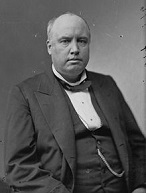
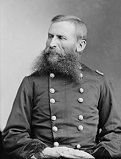





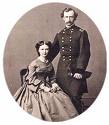


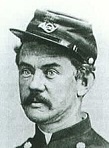

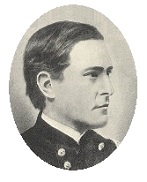

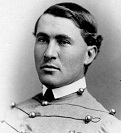


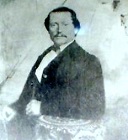










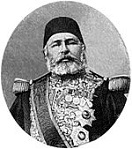






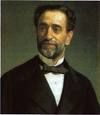


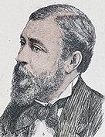



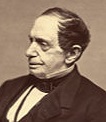


















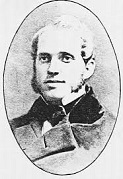
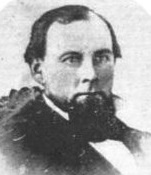






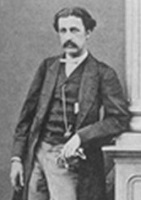

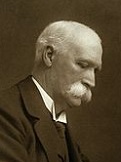
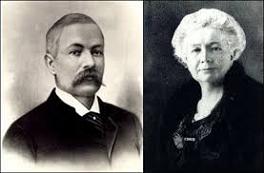
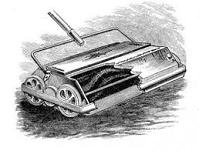
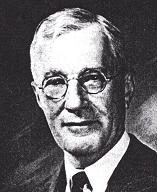
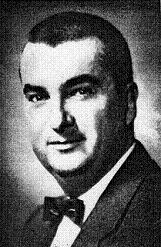






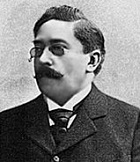
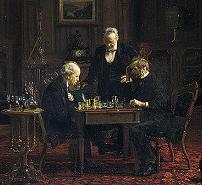
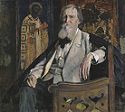
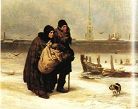
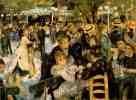







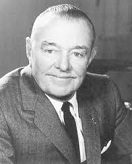
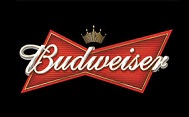
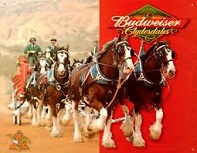


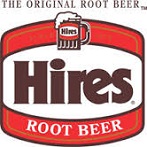

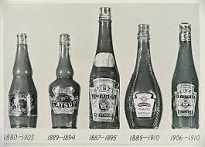

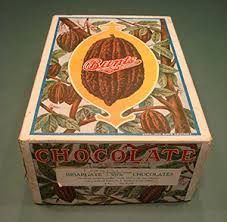
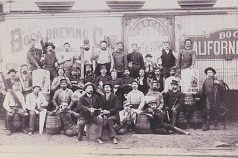


1876 At the start of the year Radical Reconstructionist regimes survive only in La., S.C., and Fla. (plus a Repub. gov. in N.C., who is replaced at the end of the year), and collapse after the nat. elections in Nov.; "The uneducated negro was too weak, no matter what his numbers, to cope with the whites" (Gov. of S.C.). On Jan. 1 the Deutsche Reichsbank opens as the successor of the Prussian state bank. In Jan. Argentine explorer Francisco Pascasio "Perito" Moreno (1852-1919) reaches Lake Nahuel-Huapi in the S Andes Mts. of N Patagonia, discovering Lake Argentino on Feb. 15, 1877, going on to explore the rivers of Patagonia, discovering beautiful church organ-like Mount Fitz Roy (Cerro Chaiten) on the Argentina-Chile border on Mar. 2, named after the cmdr. of HMS Beagle in the 1830s; Perito Moreno Glacier 48 mi. from El Calafate is later named after him. On Feb. 15 the 1876 Tex. Constitution is adopted, replacing those of 1845, 1861, 1866, and 1869. On Feb. 17 after the Franco-Prussian War interrupts its importation, Julius Wolff opens the first sardine-cannine factory in Eastport, Maine. On Feb. 21 the Spanish-Sulu War (ends July 22, 1878) begins when the Spanish attempt to occupy Jolo to curb slave trading with a force of 9K soldiers, 11 transports, 11 gunboats, and 11 steamboats under Adm. Jose Malcampo. On Feb. 22 Johns Hopkins U. is founded in Baltimore, Md., named after Anne Arundel County, Md.-born philanthropist Johns Hopkins (1795-1873), with Daniel Coit Gilman (1831-1908) as pres. #1 (until 1901); on May 7, 1889 Johns Hopkins Hospital is founded; in 1893 the Johns Hopkins U. School of Medicine opens. On Feb. 26 Japanese ships under the command of adm. Kuroda Kiyotaka (1840-1900) land at Kanghwa Island in Korea, and do what the U.S. couldn't, forcing Korea into its first modern treaty, the Treaty of Kanghwa, opening it to Japan and recognizing Korean independence from China (no protest by Peking); Pusan and two other ports are opened to Japanese trade for the next 20 mo., and Japan acquires extraterritoriality; King Kojong of Korea sends a high-level official to Japan to observe the Meiji reform programs. Doctor my ojos? In Feb. the Carlists in Spain are defeated and Don Carlos flees, moving about Europe for 33 years trying to drum up support for his lost cause for himself and his son Lame, er, Jaime; Pope Pius IX abandons his recognition of Carlos in favor of Alfonso XII after the latter closes Protestant schools and churches, abolishes civil marriages, and increases the govt.'s Roman Catholic Church budget, promulgating the Spanish Constitution of 1876 on June 30, which establishes a new Cortes consisting of a lower house elected by electoral communities, and an upper house (senate) representing the crown, nobles and Church (ends 1923), with a ministry selected by the king, which ends up alternating between the Conservatives, led by Antonio Canovas (Cánovas) del Castillo (1828-97), and the Liberals, led by Praxedes (Práxedes) Mariano Mateo Sagasta y Escolar (1825-1903). In Feb. 1876 the 16-mo. Great Sioux (Black Hills) War (ends 1877) begins with a 3-pronged invasion of Indian heartland in the Black Hills in a push to force "hostiles" back onto a rez so that they can get their hands on the gold, and ends up costing 283 Army officers and enlisted men in a campaign in Dakota, Mont., and Wyo. territories; on Mar. 17 the Battle of Powder River (Reynolds' Battle) on the Powder River in Mont. sees troops from Ft. Fetterman in Wyo. under Col. (later Maj. Gen.) Joseph Jones Reynolds (1822-99) under orders from Brig. Gen. (later Maj. Gen.) George R. Crook (1830-90) attack a Cheyenne encampment, destroying a large amount of property and pissing them off, solidifying their resistance and cementing alliances with the Lakota Sioux; in Mar. troops under Col. J.J. Reynolds mistakenly attack a sleeping village legally wintering on the rez, angering Chief Crazy Horse (1849-77), causing him to join up with Sitting Bull (1831-90) (who has a dream that white soldiers are falling like grasshoppers as Indians ride over them) and other tribes; on June 9 the Battle of Prairie Dog Creek (Tongue River) at the confluence of Prairie Dog Creek and the Tongue River in Wyo. is a V for 950 U.S. troops under Gen. George R. Crook along with 100+ civilians over 200 Northern Cheyenne; on June 17 they win the Battle of the Rosebud (Battle of Rosebud Creek) in Montana against 1.2K men led by Brig.-Gen. George R. Crook (1830-90), pushing them back to Goose Creek inside the Wyo. border; Shoshone chief Washakie (1804-1900) sends scouts to help Gen. Crook against his enemies the Sioux, later going Protestant and negotiating the Wind River Reservation in Wyo.; on June 25 (Sun.) after dividing his force twice, sending Capt. (later Maj.) Frederick William Benteen (1834-98) to move SW and Maj. Marcus Albert Reno (1834-89) to attack from the N, arrogant buckskin-wearing goldie locks Brevet Maj. Gen. (Lt. Col.) George Armstrong "Yellow Hair" Custer (b. 1839) and 210 men of his 7th Cavalry (out of 266 men) (incl. Custer's brother, three other relatives and a newspaper correspondent) walk into an ambush on a knoll covered by prairie grass which descends along a wooded ravine to the Little Bighorn River, where 3.5K Cheyenne, Sioux, and Arapaho warriors led by Chief Crazy Horse are encamped, and are massacred at the Battle of the Little Bighorn, holding out for 1-3 hours; the only survivor is the mixed-breed horse of Capt. Myles W. Keogh, named Columbia, er, Washington, er, Anything White, er, Something Indian, er, Comanche; Col. (later Maj. Gen.) Frederick Dent Grant (1850-1912) (eldest son of Gen. Ulysses S. Grant) escapes the massacre by a "compassionate leave" to be with his wife during childbirth 1-2 days before; a few Indian scouts hold back and escape, and 19-y.-o. Crow scout Curly (Curley) (Ashishishe) (1856-1923) first brings news of the disaster to Gen. Alfred Howe Terry (1827-90), becoming a celeb; Benteen's men are pinned down 5 mi. away until June 27, when Terry's infantry, joined by Gen. John Gibbon (1827-96) advance, and the Indians leave to look for food and ammo, allowing them to view the site on June 27, finding the corpses stripped and ritually mutilated, although Custer's gorgeous godlike blonde body is untouched; Custer's men only have 1873 Springfield .45-70 single-shot rifles, vs. Henry and Winchester lever-action rifles, revolvers, and bows and arrows for the I-can't-believe-it's-not-butter Injuns, and the palefaces can't match the experienced Indians ("best fighters in the world") man for man; news of "Custer's Last Stand" makes him a hero and brings a popular demand for an end to the "Indian menace", and thousands of eager new white recruits are thrown into the area to beat up on lean if not starving Indian butt; in 1879 the battlefield is designated a nat. cemetery, and in 1881 a memorial is erected on Last Stand Hill over the soldiers' mass grave, becoming the Custer Little Bighorn Battlefield Nat. Monument in 1946; on Sept. 9 army troops under Gen. George Crook destroy the village of Ogala Lakota Sioux chief American Horse the Elder (b. 1830), who dies of wounds from the fighting; by winter the Indians are starving and beginning to be systematically crushed by God Bless America; the Fifth Infantry Regiment under the leadership of Col. (later Lt. Gen.) Nelson Appleton Miles (1839-1925) spends the next year scouring the Northern Plains, forcing the Lakota and their allies onto reservations, going on to drive his troops in a forced march in the winter of 1877 across E Mont. to capture Chief Joseph and his Nez Perce band, quarreling with Gen. Oliver O. Howard over the credit. On Mar. 7 the Ethiopians under emperor Johannes defeat the Egyptians under Prince Hassan at the Battle of Gura. On Mar. 7 after a physician friend donates a human ear, which he experiments on in summer 1874, Scottish-born Alexander Graham Bell (1847-1922) receives a patent in Boston, Mass. for the articulating telephone ("visible speech"); on Mar. 10 the first successful voice transmission over Bell's telephone takes place in Boston, Mass. as Bell spills acid on his clothes and tells his assistant, "Mr. Watson, come here! I want you!"; music is later sent down the line - soon lazy American white people can visit without getting up off their white lardasses, becoming their jealously-guarded lifestyle? On Mar. 8 Townshend, Vt.-born Alphonso Taft (1810-91) (co-founder of Skull & Bones secret society at Yale U.) becomes U.S. atty. gen. #34 (until Mar. 4, 1877), followed on Mar. 8, 1876 by U.S. war secy. #31 (until May 22, 1876). On Mar. 14 after the Colo. legislature passes legislation on Nov. 7, 1861 naming the city of Boulder, Colo. (25 mi. NW of Denver) (modern-day pop. 108K/313K) as the site, and the cornerstone for the Old Main Bldg. is laid on Sept. 20, 1875, the U. of Colo. (CU) (home of the Buffaloes) is founded via an amendment to the state constitution before formal admission to statehood, which later causes its regents to consider themselves equal to or above the state legislature; it officially opens on Sept. 5, 1877; in 1912 the U. of Colo. Denver is founded; in 1965 the U. of Colo. Colorado Springs is founded. On Mar. 17 the Battle of Powder River (Reymolds' Battle) on the Powder River in Mont. sees troops from Ft. Fetterman under Col. Joseph J. Reynolds under orders from Brig. Gen. George Crooks attack a Cheyenne encampment, destroying a large amount of property and pissing them off, solidifying their resistance and cementing alliances with the Lakota Sioux. On Apr. 20 the anti-Ottoman April Bulgarian Uprising begins in Orthodox Christian Bulgaria, which is suppressed by mid-May with massacres of Christians, which the Ottomans try unsuccessfully to coverup, rocking world opinion and causing religious sister Russia to threaten intervention, while Disraeli refuses to do anything to aid Russia, maintaining his support for the Ottomans as a bulwark against them, causing his rival Gladstone to begin using the issue to get back in power (1880). In Apr. the khedive, having squandered all the money he received for his shares of the Suez Canal causes Egypt to declare bankruptcy and suspend interest payments on a foreign debt of £68.5M and a floating debt of £23M; the internat. Caisse de la Dette Publique is put in charge of Egyptian finances, causing the natives to get restless and cry "Egypt for the Egyptians". On May 1 at PM Benjamin Disraeli's insistence, Queen Victoria (1819-1901) is proclaimed Empress of India by Parliament in the Royal Titles Act of 1876; in return she grants him the title of Earl of Beaconsfield. On May 4 Hilarion Daza Groselle (1840-94) becomes pres. of Bolivia (until 1879) after a coup overthrows Tomas Frias Ametller, who flees to Florence, Italy. On May 10 the 1876 Centennial Exhibition in Philadelphia, Penn. opens (until Nov. 10); the Freedom Bell is substituted for the Liberty Bell in the tower; the 1.5K hp Centennial Engine that powers the exhibition is built by George Henry Corliss (1817-88); Ketchup (catsup) (first mentioned in 1690) finally becomes popular after Henry John "H.J." Heinz (1844-1919) adds it to his line in 1876 and introduces it at the fair, with the motto "A blessed relief for mother and the other women in the household" - doesn't sound as good as "salsa"? On May 13 the Euro powers renew their demands for reforms in the Balkans and threaten military intervention. On May 15 after his study of Immanuel Kant at the U. of Heidelberg gets him thrown out of rabbi school, Alzey, Germany-born Felix Adler (1851-1933) gives a lecture on the need for a religion without the trappings of religion or creed that unites all of humanity in moral social action, and next Feb. founds the New York Society for Ethical Culture in New York City, launching the Ethical Culture Movement, a humanist church without doctrine, with the motto "Deed, not creed", with its own "Leaders" who perform naming ceremonies and marriages; in 1888 his Columbus, Ohio-born aide Stanton George Coit (1857-1944) moves to London, England, turning the South Place Religious Society into the South Place Ethical Society, and lobbying for reform of the Church of England. On May 30 after he waffles in the face of massacres of Muslim peasants in Bosnia and Bulgaria, sultan (since June 25, 1861) Abdul Aziz I is deposed by war minister Huseyin Avni Pasha (1820-76), backed by Turkish liberal statesman Midhat Pasha (1822-83), causing him to commit suicide on June 4; on May 30 he is succeeded as Ottoman sultan #33 by his Francophile nephew Murad V (1840-1904), who is deposed on Aug. 31 because of nervousness and mental incapacity after he proves unable to cope with the outbreak of war, the mobilization of his army, and the flood of Muslim refugees from the Balkans; on June 15 Huseyin Avni Pasha is assassinated at a cabinet meeting with Murad V; on Aug. 31 he is succeeded by his despotic brother Abdul Hamid (Abdulhamid) II (the Damned) (the Great Assassin) (the Red Sultan) (1842-1918) as Ottoman sultan #34 (until Apr. 27, 1909), who initially promises the Young Ottomans to support a constitutional govt., and lets Midhat Pasha secure the promulgation of the first-ever 1876 Ottoman Constitution on Dec. 23, providing for a bicameral parliament and civil liberties, but reserves most powers to himself. 1876 is a new low in U.S. pres. politics as two candidates favoring civil service reform get caught up in the most corrupt election ever? On June 14-16 the 1876 Repub. Nat. Convention in Cincinnati, Ohio sees Repub. House Speaker (1869-75) James Gillespie Blaine (1830-93) of Maine nominated after Dresden, N.Y.-born Peoria, Ill.-based orator ("the Great Agnostic") Robert Green "Col. Bob" Ingersoll (1833-99) delivers his Plumed Knight Speech, with the soundbyte: "This is a grand year, a year filled with recollections of the Revolution... a year in which the people call for the man who has torn from the throat of treason the tongue of slander, the man who has snatched the mask of Democracy from the hideous face of rebellion... Like an armed warrior, like a plumed knight, James G. Blaine from the state of Maine marched down the halls of the American Congress and threw his shining lance full and fair against the brazen foreheads of every traitor to his country and every maligner of his fair reputation"; too bad, the Mulligan Letters, written in 1864-76 by Blaine to Warren Fischer Jr., made public by Fischer's employee James Mulligan, implicating Blaine in a corrupt business deal with the Little Rock and Fort Smith Railroad, and although Blaine tries to clear himself by reading selectively from the letters on the House fool, er, floor, and his friends claim his vindication, it costs him the nomination, and he is passed over by a small majority for true-blue Civil War gen., civil service reformer, hard money advocate and 3-term Ohio gov. Rutherford B. Hayes ("a third rate nonentity, whose only recommendation is that he is obnoxious to no one" - Henry Adams), with N.Y. Rep. William W. Wheeler for vice-pres.; Whiskey Ring reformer Benjamin Helm Bristow receives 113 votes for pres. on the 1st ballot, and former Ind. gov. Oliver P. Morton is also passed over; on June 27-29 the 1876 Dem. Nat. Convention in St. Louis, Mo. nominates N.Y. reform gov. Samuel J. Tilden, a millionare corp. atty. and destroyer of the Tweed Ring (plus another ring in Albany), with Ind. gov. Thomas A. Hendricks of Ind. as his running mate; the campaign is marked by Repubs. waving the bloody shirt and grinding the outrage mills while the Dems. air the Republicans' dirty linen; too bad, after becoming the most popular orator in the U.S., destined for the White House, Ingersoll spoils his golden future in politics by giving golden-tongued speeches for secular humanism, rationalism, and freethought (supply caps if you're a true believer), virtually founding the 19th cent. British-Am. Freethought movement and popularizing Thomas Paine. On June 30 Serbia declares war on Turkey, followed by Montenegro on July 2, beginning the Serbo-Turkish War (ends Mar. 3, 1878); after the Turks inflict a severe D on the Serbs, Russia threatens to intervene on Oct. 31, halting them in their tracks. In June Sapporo Brewery is founded in Sapporo, Hokkaido, Japan, becoming the first brewery in Japan, with German-trained Seibei Nakagawa as brewmaster; in 1984 Sapporo U.S.A. is founded, with its Sapporo Premium beer becoming the best-selling Asian beer in the U.S. On July 4 despite being wounded over Custer, the U.S. celebrates its 100th anniv. with fireworks going off all over, causing numerous frightful injuries to the heirs of Sir William Wallace's redneck freedom fighters, as they shout about their "Free-ee-dom!" On July 24 Liberal Ion Constantin Bratianu (1821-91) becomes PM of Romania (until Apr. 9, 1882, then June 9, 1881-Mar. 20, 1888), going on to align the country with Russia against main threat Austria-Hungary while working against #2 threat Turkey. On Aug. 1 the savage Indians all nicely pacified after 100 years of U.S. rule, "Centennial State", "the Switzerland of America" Colorado (Colo.) is admitted as the 36th U.S. state; Eddyville, Ky.-born Repub. John Long Rutt (1826-1907) becomes Colo. gov. #1 (until Jan. 14, 1879), followed by Denver mayor #17 in 1883-5, and Colo. gov. #7 on Jan. 13, 1891-Jan. 10, 1893; the Colo. state legislature offers a bounty for wolf pelts ($0.50 to $2.00), resulting in their extinction in 1943 as the last one is killed by a govt. trapper in Conejos County; in 1995-6 federal officials reintroduce 31 wolves from Canada into Yellowstone Nat. Park and 35 more into C Idaho, growing into a herd of 1K by 2006 when the bounty is finally legally removed. Extreme makeover, saloon edition? On Aug. 2 (Wed.) colorful white long-tressed mustachioed wide-brimmed-hatted white-tied U.S. marshal Wild Bill Hickock (b. 1837), who had been run out of Cheyenne, Wyo., and came to Deadwood this year after the gold rush began with sidekicks Martha "Calamity Jane" Canary (1852-1903) and Colorado Charley Utter (1838-1904) is shot in the back and killed by drifter John "Crooked/Broken Nose Jack" "Buffalo Curly" McCall (1852-77) with a Colt .45 (serial #2079) (five cartridges defective) in Carl Mann's Saloon #10 in Deadwood, Black Hills, Dakota Territory (S.D.) while playing poker; Hickock normally sits with his back to the wall and pours whiskey with his left hand to keep his right hand free, but forgets?; he is alleged to be holding a pair of black (clubs) aces and a pair of black 8s (along with a 9 of diamonds), which comes to be known as the "dead man's hand"; in his youth Hickock killed McCall's younger brother Andy by hitting him on the head with a hoe; after being acquitted in a "miner's court", McCall is arrested in the territorial capital of Yankton, convicted and hanged on Mar. 1, 1877; a series of 33 Deadwood Dick dime novels by Philly writer Edward Lytton Wheeler (1854-85) come out in 1877-97, starring him and his wife Calamity Jane (a cross-dressing ho and camp follower who falsely claimed to be an Army Scout?); they die together, leaving their son Deadwood Dick Jr. to carry on their adventures; meanwhile African-Am. Samuel Fields moves to Deadwood, claiming to have been a Civil War Union gen., and becomes a local celeb known as "Nigger General" and "General Darkey", known for looking to make a big strike and calling himself a "sly coon". On Aug. 27 Liberal Marco Aurelio Soto (1846-1908) becomes pres. of Honduras (until Oct. 19, 1883), making a pact with conservatives; the mining industry is pumped up with foreign investments. On Sept. 7 after robbing a train in Rocky Cut, Minn., the James Gang (Jesse James, Bill Stiles, Cole Younger) attempts to rob a bank in Northfield, Minn. (to zing the Yankees, or get some real Yankee money for a change?), but thanks to the Pinkertons the town is ready, and they are greeted with a hail of bullets, killing two members. On Sept. 13 the Chefoo (Zhifu) Convention between the British and Chinese minister Li Hongzhang (1823-1901) pays the Brits a large indemnity, and agrees to open 10 new opium ports to add to the 82K chests a year now imported, not counting the greater amount grown internally; ratified in 1885 - at the dog's eye-view everything falls? On Oct. 26 Pres. Grant issues a proclamation, declaring Nov. 30 as Thanksgiving Day. On Nov. 7 the 1876 U.S. Pres. Election is in chaos when, at the urging of Repub. fixer Daniel Edgar Sickles (1819-1914) (the Union gen. who got his III Corps almost wiped out at Gettysburg and lost a leg to a cannonball, which doesn't prevent him from living almost a cent.), three Southern states (Fla., S.C., La.) send in two sets of votes, claiming that both Dem. Samuel J. Tilden and Repub. Rutherford B. Hayes are the winner; on Nov. 8 the popular vote is 4.3M for Tilden and 4.0M for Hayes (193 to 173 electoral votes), but after the shenanigans Tilden falls just one electoral vote short of election (185-184), and the 15-member bipartisan Electoral Commission of 1876 (7 Repubs., 7 Dems., plus Supreme Court justice Joseph P. Bradley, a closet Repub.), sponsored by Vt. Repub. Sen. (1866-91) George Franklin Edmunds (1828-1919) is then appointed by Congress to settle things in the smoke-filled back room (not the same thing as throwing the election into the House, which only happened in 1801 with Jefferson and 1825 with J.Q. Adams); meanwhile La. election board chmn. (La. gov. #20 in 1865-7) James Madison Wells (1808-99) (Repub.) tries to sell the presidency by offering $100K for each white board member and $25K for each black one to the Dems. (who refuse), and then asking $200K from the secy. of the Dem. Nat. Committee, Col. William T. Pelton (Tilden's nephew), but gets no takers; "The Democrats stole the election first, and the Republicans stole it back." On Nov. 25 the Dull Knife Fight (Battle on the Red Fork) in modern-day Johnson County, Wyo. is a V for 1K U.S. Army troops over 400 Northern Cheyenne, ending their fighting ability. On Dec. 5 (eve.) the Brooklyn Theatre Fire in Brooklyn, N.Y. kills 278-300+, becoming the 3rd worst U.S. theater fire after the 1942 Cocoanut Grove Fire and the 1903 Iroquois Theatre Fire. The original clap-on clap-off, the Clapper? On Dec. 5 Pres. Grant submits his (last) 8th State of the Union Message to Congress, appending an apology for the scandals of his admin., saying, "Failures have been errors of judgment, not of intent"; also: "Reconstruction Era, as finally agreed upon, means this and only this, except that the late slave was enfranchised, giving an increase, as was supposed, to the Union-loving and Union-supporting votes. If free in the full sense of the word, they would not disappoint this expectation. Hence at the beginning of my first Administration the work of reconstruction, much embarrassed by the long delay, virtually commenced"; his admin. goes through a record five different atty. gens. On Dec. 6 the Kazan Demonstration in front of the Kazan Cathedral in St. Petersburg, Russia, organized by Georgi Plekhanov (1856-1918) et al. indicts the autocratic govt. and waves a red flag, becoming the first political demonstration in Russia; after resisting the police, 31 are arrested, of which five are sentenced to 10-15 years in a prison camp, three to 5 years in a monastery, and 10 lucky pluckers to exile in Siberia; Plekhanov manages to stay underground until 1800, when he goes into exile for 37 years, studying Marx and Engels and becoming Russia's first Marxist. On Dec. 23 the Istanbul Internat. Conference on the Balkan Crisis in Constantinople (ends 1877) is run by the European powers, who make demands on new sultan Abdul Hamid II to reform his admin., which he shrugs off by having the new Ottoman constitution proclaimed on Dec. 23, claiming it's all covered, and ties his hands; privately he believes that Britain won't use force against him; Russia then intervenes alone, beginning a Russo-Turkish War next year - that's it, work the umbrella? On Dec. 29 a Lake Shore train plunges into the Ashtabula River near Ashtabula, Ohio after a bridge collapses during a snowstorm, killing 92. Hawaii signs a 10-year free trade agreement with the U.S. to give it access to the U.S. sugar market (so that white people can achieve record levels of obesity?); exports grow from 21M lbs. this year to 225M in 1890. Citing the Bulgarian atrocities of the year before, Gladstone gloudly, er, loudly demands that Britain withdraw support of the Turks. Anibal Pinto Garmendia (1825-84) becomes pres. of Chile (until 1881). The last Brazilian troops are withdrawn from Paraguay, which signs the Machain-Yrigoyen Treaty (Limits Agreement) with Argentina, ceding part of the Chaco and submitting Villa Occidental to arbitration; land sales benefit capitalists in Uruguay and Argentina; Paraguay ends up losing 55K sq. mi. of territory. Spain begins a war with the Muslim sultanate of Sulu in S Philippines (ends 1878). The Pedi Kingdom defeats the Boer South African (Transvaal) Repub. army. Accra becomes capital of Gold Coast Colony. The Holman Rule is passed by the U.S. House, permitting amendments to appropriations legislation that would rude the salary or fire specific federal employes, or cut specific program; it it is rescinded in 1893, and reinstated in Jan. 2017 for the Repub.-controlled 115th Congress. The 1876 Cruelty to Animals Act is passed by the British Parliament, amending the 1849 act by instituting a licensing system for animal experimentation; replaced by the 1986 Animals (Scientific Procedures) Act. In Japan a decree abolishes the samurai class of prof. warriors. The Tasmanian Flag, with a red lion is approved; meanwhile the last aborigines in Tasmania die - is it apple-flavored? Oil is discovered in Pico Canyon Oilfield, Well No. 4 7 mi. W of Newhall, Calif. in the Santa Susana Mts. N of Los Angeles, Calif., becoming the first commercially successful oil well in the Am. West, leading to the founding of Chevron Corp. on Sept. 10, 1879. After the British Arctic Expedition (begun 1875), led by Vice-Adm. Sir George Strong Nares (1831-1915) in Discovery and Alert becomes the first to sail between Greenland and Ellsmere Island (Nares Strait) to the Lincoln Sea, discovering no ice-free Open Polar Sea as hoped, a sledding party led by Sir Albert Hastings Markham (1841-1918) sets a record for N lat. at 83 deg 20 min, and skedaddles back home in the summer after the crew begin suffering from scurvy - that *?!*! pole, so near and so far? The city of Flagstaff, Ariz. (modern-day pop. 71K/139K) is founded by Thomas F. McMillan, who builds a cabin on Mars Hill on the W side of town; it is named after a centennial ponderosa pine flagpole erected there by a scouting party from Boston, Mass.; the town is only a 2-day ride to the S rim of the Grand Canyon; it is incorporated in 1928. Am. suffragists Matilda Electa Joslyn Gage (1826-98) et al. pub. the 1876 Declaration of Rights; Gage won her spurs attempting with nine other women to vote in 1871, arguing with polling officials, then defending Susan B. Anthony in 1873 at her trial for having voted illegally, making a great speech. The U.S. 7th Cavalry goes on an expedition in Yellowstone, which is detailed in a diary by Fred H. Toby. The U.S. Coast Guard Academy (Revenue Cutter Service Academy) in New London, Conn. is founded. The Scottish Reformed Presbyterians (formed 1681) unite with the Free Church. Black abolitionist leader Frederick Douglass utters the soundbyte that Abraham Lincoln "was pre-eminently the white man's president, entirely devoted to the welfare of white men." Kuzma Lisin, "second redeemer and Tsar Peter III", leader of the Russian Skoptsy (Skoptsy) castration sect (a former peasant tailor), who believe that the Big C is the "Great Seal" is sent to Siberia, and the rest emigrate mainly to Romania - doesn't that take balls? By now one-fifth of grain shipments in the U.S. go by rail. Nickel ore is found in New Caledonia. Asian pea family member Kudzu is introduced at the Philadelphia Continental Exposition, and promoted to farmers in the Am. South to control soil erosion; too bad, it goes wild and becomes a giant nuisance. The town of Lubbock, Tex. (modern pop. 252K/315K) in NW Tex. is founded, named after Charleston, S.C.-born Texas Ranger Thomas (Thompson) Saltus Lubbock (1817-62), brother of Tex. gov. #9 (1861-3) Francis R. Lubbock, becoming known as "Hub City". British explorer (biopirate?) Sir Henry Alexander Wickham (1846-1928) smuggles 70K seeds of the rubber tree (Hevea brasiliensis) from Brazil to the Royal Botanic Gardens in Kew, London, from where they are sent to Malaya, Africa, Batavia et al., beginning the Asian dominance of the world rubber market, which is complete by 1930. The annual Niagara Bible Conferences (Believers' Meeting for Bible Study) are founded (until 1897 except 1884) to discuss John Nelson Darby's Dispensationalism; starting in 1883 they are held in Niagara-on-the-Lake, Ont. at the Queen's Royal Hotel; attendees incl. future Scofield Bible author Cyrus Ingerson Scofield; in 1878 it announces its 14-point Niagara Creed, incl. the premillennial return of Jesus Christ and restoration of Israel to to the Jews before the judgment of the saved and damned. Heinrich Schliemann excavates Mycenae. Am. penologist Zebulon Reed Brockway (1827-1920), who tried the innovation of the indeterminate sentence in Detroit in 1861 founds the Elmira Reformatory for juveniles in upstate N.Y., the first reformatory in the U.S. with educational programs, training for trades, physical exercise, indeterminate sentences and inmate incentive programs, becoming known as "the Father of Am. Prison Reform"; too bad, before he quits in 1900 he is accused of corruption and brutality. The first Chinese railroad is completed. The Nat. League for Separation of Church and State (Nat. Liberal League) is founded in New York City by a group of Freethinkers during the DOI centennial, with The Truth Seeker as its official organ, becoming the first group in the U.S. to advocate complete church-state separation. Coeducational Juniata College is founded in Huntingdon, Penn., becoming the first college founded by the Church of the Brethren. The Am. Chemical Society is founded on Apr. 6 at NYU, with John William Draper as pres. #1. The first research-level mathematics program in the U.S. opens at John Hopkins U. under British algebraist James Joseph Sylvester, who departs for Germany in 1883, causing Americans to follow. The Beefsteak Club on Irving St. in Leicester Square, London is founded; the distinguished members eat at one long table, and sit where the waiters put them. Stillman College (originally Tuscaloosa Inst.) in Tuscaloosa, Ala. is founded as a black liberal arts college by the Presbyterian Church. The Children of Israel Synagogue is founded in Des Moines, Iowa. The Cedars of God in Lebanon is fenced-off for preservation; in 1998 UNESCO adds it to its list of world heritage sites. ? Bradley, ? Voorhees, and ? Day found the BVD (Bradley, Voorhees, and Day) Co. in New York City to make men's and women's underwear, gradually shifting entirely to men's - don't ask don't tell? The Bayreuth Festspielhaus (pr. BYE-royt) in W Germany opens with the first complete performance of Richard Wagner's "Ring des Nibelungen"; a fan-shaped auditorium with continuous rows of seating and no Baroque box-and-tier system, Richard Wagner supervised its design and construction, and runs it until his death, then is buried on its grounds along with his father-in-law Franz Liszt (1811-86), after which his grandson Wieland Wagner begins using minimal sets and sophisticated lighting for atmosphere. Melville Elijah Stone (1848-1929) founds the Chicago Daily News (until 1978), the first penny paper in Chicago, increasing circ. by encouraging local merchants to offer goods for 99 cents instead of $1 so that their customers will begin using pennies, then buying them by the barrel from the Mint for them; the idea catches on throughout the U.S., which up till now didn't widely use pennies; in 1885 he begins pub. the Chicago Daily News Almanac (until 1978). Jean-Louis Forain (1852-1931) begins drawing caricatures for La Cravache, and branches out to many other periodicals, specializing in satires of the judiciary and legal professions. The English analytical philosophy journal Mind is founded by Scottish philosopher Alexander Bain (1818-1903), ed. by his student, Scottish philosopher George Croom Robertson (1842-92) (until 1892), taking on the problem of whether psychology should be classified as a science. Eatonton, Ga.-born Joel Chandler Harris (1845-1908) begins running his Uncle Remus stories in the Atlanta Constitution, featuring Br'er Rabbit and the Tar-Baby. You had to be there but? Russian lit. giant Count Leo Tolstoy (1828-1910) grows tired of being rich and happy and well-laid. and tries the Russian Orthodox Church, but gets turned off to its ritualism and pageantry and begins studying the Gospels, developing his own creed later (1884) known as Tolstovstvo (Tolstoyism), based on Matt. 5:39 ("resist not evil"), asserting that evil should never be resisted by violent means, and gaining gobs of converts after he begins pub. works on it; actually believing his own dope, he tries to give away his property, but his wife talks him out of it and gets him to sign it all over to her just before he croaks - sounds like Adam's problem with Eve? By this year 43-y.-o. German composer Johannes Brahms (1833-97) is well-fixed financially, freeing him artistically. The "spreading chestnut tree" mentioned in William Wordsworth's poem "The Village Blacksmith" (really Dexter Bratt), located on Brattle Hill in Cambridge, Mass. is cut down, and some children make a chair from the wood and present it to him for his 72nd birthday. Samuel T. Cooper of Kenosha, Wisc. founds Coopers Inc., later Jockey Internat. Co. to make socks and hosiery. After tasting it on his honeymoon in N.J., and using an old recipe containing sassafras oil, Hires Root Beer, "the Original Root Beer" is first marketed in Philly by Quaker pharmacist Charles Elmer Hires (1851-1937) in 25-cent packages of powder that make 5 gal. after adding water, sugar, and yeast, giving away free glasses at the 1876 Philadelphia Centennial Exposition, claiming that it's made of 16 wild roots and berries, and will purify the blood and redden the cheeks; in 1884 he begins marketing a syrup for use in soda fountains with a fountain dispenser called the Hires Automatic Munimaker; in 1890 he incorporates Charles E. Hires Co. and begins bottling it, selling 1M bottles by 1891, and 2,880,278 in 1892, promoting it as "the Temperance Drink" and "the Greatest Health-Giving Beverage in the World". Boca Brewing Co. in Boca, Calif. (founded 1875) brews the first lager beer in Calif., using ice cold water from the Sierra Nevada Mts. and growing to 25K barrels/year in a few years; in 1896 it burns down. Ringnes Brewery is founded in Oslo, Norway by brothers Armund Ringnes and Ellef Ringnes, going on to sponsor the polar expeditions of Fridtjof Nansen and Otto Sverdrup and become the largest brewery in Norway, becoming part of the Carlsberg Group in 2000. Sports: On Feb. 2 the Nat. League of Prof. Base Ball Clubs (NL) is formed in New York City after the Nat. Assoc. of Prof. Baseball Players is dissolved; on Apr. 22 the First NL Baseball Game sees the Cincinnati Red Stockings defeat the Philadelphia Athletics by 6-5 before a crowd of 3K - now fat whites can enjoy their leisure time watching a lucky few workout for them while they swig Budweiser and reminisce about the Wild West? In spring the Westchester Polo Club is founded at Jerome Park in Bronx, N.Y., and on May 13 the first outdoor polo match in the U.S. is held there; in 1894 Jerome Park closes in favor of nearby Morris Park. On Nov. 30 (Thur.) the Princeton football team plays Yale in New York City on Thanksgiving, starting a tradition (ends 1882). Marshalltown, Iowa-born Adrian Constantine "Cap" "Pop" Anson (1852-1922) is signed by the Chicago White Stockings (later Chicago Cubs), going on to play a record 27 consecutive seasons (until 1879) and become a legend, winning five NL pennants, introducing spring training, and achieving record 3K career hits, while stinking himself up with white racism, refusing to take the field with blacks, and causing the segregation of baseball until the 1940s; the nickname "Cap" is given after he is named capt.-mgr. of the club in 1879. Albert Goodwill Spalding (1850-1915) retires as pitcher for the Chicago team of the new Nat. League (NL) (47-13), and founds A.G. Spalding & Bros. to manufacture and distribute sporting goods, eventually buying the team. The First Tennis Tournament in the U.S. is held in Nahant, Mass.; court owner Dr. James White is the winner. U.S. champion stallion trotter Hambletonian (b. 1849) dies. Architecture: The Basilica of Sacre Coeur (Basilica of the Sacred Heart) on Montmartre Hill in Paris is begun (finished 1912) as a gesture of expiation after the big D in 1871; Place du Tertre later begins a favorite spot for artists to set up their easels. Danish immigrant Charles I.D. Looff (1852-1918) builds Vandeveer's (later Balmer's) Bathing Pavilion Carousel, the first carousel at Coney Island, N.Y., with a unique style of carving, the first of 25+ carousels there; it is burned down in the 1911 Dreamland Fire. The Bunte Brothers Candy Co. of Chicago, Ill. is founded by brothers Ferdinand Bunte and Gustav Bunte, along with Charles Spoehr, later Ferdinand's son Theodore; in 1914 they introduce the marshmallow-maple Tango, becoming the first chocolate-covered candy bar, becoming known for hard candies with soft fillings; by 1912 1.2K employees generate $2.4M annual sales; the co. goes on to launch the careers of candymakers George Williamson (Oh Henry!), J.R. Holloway (Milk Duds), and Emil Julius Brach (Brach's Candy); in 1957 they build a new factory on a 14-acre lot at Franklin and Holman Aves. in West Side, Chicago; their old parking lot is turned into a hospital and demolished for the 2008 film "The Dark Knight"; in 1954 it is acquired by Chase Candy Co., makers of Cherry Mash. Fla. State Hospital for the Insane (FSH) is founded in Chattahoochee, Fla., becoming Fla.'s first state mental inst.; on Dec. 26, 1975 the U.S. Supreme (Burger) Court rules unanimously in O'Connor vs. Donaldson that a state cannot constitutionally confine a non-dangerous individual capable of living outside this Fla. nuthouse, sparking a deinstitutionalization movement resulting in the close of many public mental institutions in the U.S. Inventions: German-born Am. brewer Adolphus Busch (1839-1913) (founder of Anheiser-Busch in 1867 in St. Louis, Mo.) and St. Louis, Mo. wine merchant Charles W. "Carl" Conrad visit the town of Ceske Budejovice (Budweis) in the South Bohemian region of Czech. to steal, er, discover the formula for light Bohemian lager Budweiser brand beer, and bring it back to the U.S., changing tastes away from dark ales and introducing pasteurization; in 1896 Bush introduces Michelob "draught beer for connoisseurs"; in 1913 August Anheuser Busch Sr. (1865-1934) becomes pres. of Anheuser-Busch (until Feb. 10, 1934), surviving Prohibition (1920-33) by marketing near beer then introducing the Budweiser Clydesdales on Apr. 7, 1933; he is succeeded as CEO by Adolphus Busch III (1891-1946) (until Aug. 29, 1946), who introduces a metal can in 1936; in 1946 his brother August Anheuser "Gussie" Busch Jr. (1899-1989) becomes CEO (until 1975), buying the St. Louis Cardinals ML baseball team in 1953 and growing it to the #1 beer brand in the U.S. in 1957; in 1966 Budweiser becomes the first U.S. brewer to sell 10M barrels a year; in 1981 they introduce Bud Light - add another smug comment about the limitless market for lazy fat American whites here? In 1876 Baked Alaska is invented by Charles Ranhofer of Delmonico's Restaurant in New York City, and named after the Alaska Purchase; other versions go back to Thomas Jefferson in the White House in 1802; AKA Norwegian Omelette and Glace au Four; meanwhile sea captain Ben Wenberg introduces head chef Charles Ranhofer to Lobster Newberg, which is initially called Lobster Wenberg until they fall out and Ranhofer scrambles the name. On Sept. 19 Am. china shop owner Melville Reuben Bissell (1843-89) of Grand Rapids, Mich. is granted U.S. Patent #182,346 for the Bissell Carpet Sweeper (called the Grand Rapids) to help his wife Anna Sutherland Bissell (1846-1934) get rid of the dusty straw her china comes packed in, after which she becomes a door-to-door salesperson, selling them for $1.50 each; their first manufacturing plant is built in Grand Rapids in 1883; when he dies she takes over the co., becoming the first U.S. female CEO, helping it go international and become #1 worldwide; in 1928 they introduce a sweeper that automatically adjusts the height of the brushes to fit the surface; in 1928 Melville Reuben Bissell Jr. (1882-) takes control of the co. from his mother; in 1953 his nephew (son of Irving J. Bissell) Melville Reuben Bissell III () takes over from him, expanding the company emphasis to floor care then complete home care. Good year for consumers of knowledge, bad year for producers, as libraries sap their royalties and give them a distant taste of the Internet? Amherst College librarian Melvil Dewey (1851-1931) and Boston Public Library (Boston Brahmin) librarian Justin Winsor (1831-97) found the Am. Library Assoc. (ALA), which pub. the Library Journal; Winslow, er, Winsor becomes its first pres. (until 1885), going on to create the profession of learned ignoramus, er, librarian; meanwhile Dewey develops the recursively-expandible Dewey Decimal System for libraries: 000-999 General, 100-199 Philosophy/psychology, 200-299 Religion, 300-399 Social sciences, 400-499 Language, 500-599 Natural sciences/math, 600-699 Technology/applied sciences, 700-799 Arts, 800-899 Lit./rhetoric, 900-999 Geography/history; subgroups: 01 Philosophy/theory, 02 Misc., 03 Dictionaries/encyclopedias/concordances, 04 Special topics, 05 Serial pubs., 06 Orgs./mgt., 07 Ed./research/related topics, 08 Collections, 09 History of; the Bible is 220; the New Testament is 225. Karl Paul Gottfried von Linde invents a modern refrigerator. S.R. Mathewson of Santa Clara County, Calif. patents a gas-fired 8 mph streetcar in the shape of a horse, which doesn't spook horses on the streets of San Francisco, Calif. Nikolaus August Otto (1832-91) and Eugene Langen (1833-95) of Germany invent the gasoline-powered 4-stroke Otto Engine, the first internal combustion engine to efficiently burn fuel in a piston chamber; meanwhile fellow German Gottlieb Daimler invents the surface-type carburetor. The toothpaste tube is introduced by Dr. Washington Wentworth Sheffield, who allegedly invented toothpaste in 1850. Irish engineer James Thomson (1822-92), brother of Lord Kelvin invents the Analog Differential Analyzer for solving differential equations. Science: After becoming the first to estimate the Avogadro Constant in 1865, Austrian physicist-chemist Johann Josef Loschmidt (1821-95) pub. the results of experiments with columns of air, finding that gravity causes it to form a stable non-zero vertical temperature gradient of maximum entropy, which applies to every planet's troposphere, which is disputed by his colleagues Ludwig Boltzmann and James Clerk Maxwell, who get all the publicity? Scottish surgeon Sir William Macewen (1848-1924) demonstrates the location of a brain tumor by observation of motor and sensory functions; in 1879 he uses it to perform the first non-primary (trepanned) brain surgery to remove a brain tumor; meanwhile in 1877 he develops the first bone grafts, and in 1880 he develops the technique of endotracheal anesthesia using orotracheal intubation, going on to pioneer surgical removal of lungs to treat TB and lung cancer, Macewen's Operation to cure inguinal hernia, and Macewen's Sign to diagnose hydrocephalus. After being commissioned by the French govt. in 1868 to investigate how to make French beer brewers competitive with German ones, Louis Pasteur pub. Etudes su la Biere (Bière) (Studies on Beer), announcing his 1857 discovey that yeast metabolizes glucose in an aerobic environment and reproduces furiously, but under anaerobic conditions it vigorously ferments, becoming known as the Pasteur Effect. A huge storm is spotted in the N hemisphere of Saturn; they only occur once every Saturn year, or 30 Earth years. Charles Darwin pub. the first analysis and description of hybrid vigor - human white-black intermarriage not included, of course? Sigmund Freud studies the sexual organs of eels in Trieste - he needs to see a pshrink? German physician Heinrich Hermann Robert Koch (1843-1910) of Wollstein isolates the bacterium causing cattle disease anthrax, validating the germ theory of disease and spurring searches for new agents responsible for TB, cholera, etc. German physiologist Wilhelm Friedrich Kuhne (1837-1900) coins the word "enzymes" (from Gr. "in yeast") for soluble ferments made from cell extracts, as opposed to catalytic substances in intact cells, which should still be called ferments. Nonfiction: Charles Francis Adams (1835-1915), The Familiar Letters of John Adams and His Wife Abigail (posth.); ed. by their grandson. Francis Herbert Bradley (1846-1924), Ethical Studies. Daniel Garrison Brinton (1837-99), The Religious Sentiment, Its Sources and Aim: A Contribution to the Science and Philosophy of Religion. Sir John Charles Bucknill (1817-97), Notes on Asylums for the Insane in America; based on his 1875 trip to North Am., where he visited 10 asylums in the U.S. and three in Canada, criticizing asylums who restrain patients, countering their assurance that they have to restrain them by offering 100 pounds to anyone would will visit British asylums and find them in use, causing him to be elected the first honorary member of the Assoc. of Medical Suptds. of Am. Institutions for the Insane; On Asylums for Drunkers, and the Relations of Drink and Insanity. Verney Lovett Cameron (1844-94), Across Africa (2 vols.). Moncure D. Conway (1832-1907), Christianity; "The homage paid to Christ is a high poetic fact in human history. Even in the Legend of Christ, with all its fables, there are not wanting indications of the profound faith of man in his own higher nature." Felix Dahn (1834-1912), Ein Kampf um Rom (A Struggle for Rome). Charles Darwin (1809-82), Effects of Cross and Self Fertilization in the Vegetable Kingdom. Cesareo Fernandez Duro (1830-1908), Nautical Disquisitions (6 vols.) (1876-81). David Ferrier (1843-1928), The Functions of the Brain; becomes a classic in neuroscience; 2nd ed. pub. in 1886. Eugene Fromentin (1820-76), The Masters of Past Time (Les Maitres d'Autrefois); the Old Masters of Belgium and Holland. William Gladstone (1809-98), Bulgarian Horrors and the Questions of the East; disses Disraeli for his indifference to the April Bulgarian Uprising; "That such things such be done once is a damning disgrace to the portion of our race which did them; that the door should be left open to their... repetition would spread that shame over the world." Asa Gray (1810-88), Darwiniana: Essays and Reviews Pertaining to Darwinism. W. Greenwell and G. Rolleston, British Barrows. Henry Houssaye (1848-1911), The First Siege of Paris, 52 B.C.E.. Cesare Lombroso (1835-1909), The Criminal Man - just look at that cretin, he looks like a criminal? James Martineau (1805-1900), Hours of Thought (1876, 1879); Unitarian sermons. Margaret Oliphant (1828-97), The Makers of Florence. Sir Frederick Pollock (1845-1937), The Principles of Contract at Law and in Equity; modernizes English legal education by emphasizing underlying principles rather than specific cases. Henry Martyn Robert (1837-1923), Pocket Manual of Rules of Order for Deliberative Assemblies; paliamentary procedure, loosely based on those for the U.S. House of Reps.; written after his poor performance in leading a church meeting. J.C.H.R. Steenstrup, Normannerne (The Normans) (1876-82); claims that the Anglo-Saxons of Britain stole their institutions from the Norse and Danish occupiers, contrasting with the views of Gudbrand Vigfusson and Sophus Bugge that the Eddas were based on Anglo-Saxon materials. Sir Leslie Stephen (1832-1904), The History of English Thought in the Eighteenth Century (2 vols.) (1876). Hippolyte Taine (1828-93), Les Origines de la France Contemporaine (6 vols.) (1876-94). Music: Edmond Audran (1842-1901), La Sulamite (oratorio) (Marseille); Le Grand Mogol (Marseille); big hit in Paris and London. Johannes Brahms (1833-97), Symphony No. 1 in C minor, Op. 68; first of four symphonies in 10 years (1876-86). Leo Delibes (1836-91), Sylvia (ballet) (Paris). Luigi Denza (1846-1922), Wallenstein (opera). Antonin Dvorak (1841-1904), Stabat Mater, Op. 58 (1876-7) (oratorio). Amilcare Ponchielli (1834-86), La Gioconda (opera) (La Scala, Milan) (Apr. 8); based on the 1835 Victor Hugo play "Angelo, Tyrant of Padua"; becomes the biggest hit opera between Verdi's "Aida" (1871) and "Otello" (1887); incl. the ballet Dance of the Hours, later used in Walt Disney's 1940 Fantasia with dancing hippos, and used by comedian Allan Sherman for his 1963 hit record "Hello Muddah, Hello Fadduh". Bedrich Smetana (1824-84), String Quartet No. 1 in E Minor ("From My Life"); String Quartet No. 2 in D Minor; The Kiss (opera). Franz von Suppe (1819-95), Fatinitza (operetta) (Carltheater, Vienna) (Jan. 5). Richard Wagner (1813-83), The Ring of the Nibelung (Nibelungen) (1869-76) (Bayreuth); Ring Cycle of four operas; his opus maximus, finished after 26 years of work; incl. Das Reingold, Die Walkure, Siegfried, and Gotterdammerung (Götterdämmerung); the 15-hour set of four operas concludes with fat blonde-braided Brunnhilde singing an aria then riding into Siegfried's funeral pyre while dressed like a valkyrie with horned helmet, spear, and shield, causing the expression "It ain't over till the fat lady sings" to be coined. Thomas P. Westendorf, I'll Take You Home Again, Kathleen; of German-Am. not Irish origin; an answer to his friend George W. Brown (alias George W. Persley), who wrote "Barney, Take Me Home Again"; made famous on an episode of Star Trek. Henry Clay Work (1832-84), My Grandfather's Clock; sells 1M copies of sheet music. Art: Pierre Puvis de Chavannes (1824-98), The Life of St. Genevieve (mural) (1876-98); in the Paris Pantheon. Edgar Degas (1834-1917), The Glass of Absinthe. Thomas Eakins (1844-1916), The Chess Players; his father Benjamin Eakins (1818-99) watching a game between Betrand Gardel (1808-85) and George W. Holmes (1812-85) in Eakins' parlor at 1729 Mount Vernon St. in Phily; exhibited at the 1876 Centennial Exposition, in the Art Gallery after "The Gross Clinic" was rejected. Winslow Homer (1836-1910), The Cotton Pickers; The Home Signal. Viktor Vasnetsov (1848-1926), Moving House. Jule Joseph Lefebvre (1836-1911), Mary Magdalene in the Grotto. Pierre-Auguste Renoir (1841-1919), Le Moulin de la Galette; sells for $78.1M in 1990. Auguste Rodin (1840-1917), The Age of Bronze (The Vanquished) (first sculpture). James Tissot (1836-1902), The Gallery of HMS Calcutta. Plays: Sir William Schwenck Gilbert (1836-1911) and Sir Arthur Sullivan (1842-1900), Trial by Jury (comic operetta #2) (Royalty Theatre, London) (Mar. 25) (131 perf.); a breach of promise of marriage lawsuit; no spoken dialogue; the judge is played by Arthur Sullivan's brother Fred. Henrik Ibsen (1828-1906), Peer Gynt (Feb. 24) (Christiania); 8 hours long; music by Edvard Grieg (1843-1907), incl. In the Hall of the Mountain King, Morning Mood. Multatuli (1820-87), The School for Princes. Algernon Charles Swinburne (1837-1909), Erechteus. Poetry: Joao de Deus Ramos (1830-96), Folhas Soltas. Stephane Mallarme (1842-98), L'Apres-Midi d'un Faune (The Afternoon of a Faun); basis of Claude Debussy's "Prelude to the Afternoon of a Faun" (1894); greatest poem in French lit. according to Paul Valery. Herman Melville (1819-91), Clarel: A Poem and Pilgrimage in the Holy Land. William Morris (1834-96), The Fall of the Niblungs. Jean Richepin (1849-1926), Chanson des Gueux; gets imprisoned for "outrage aux moeurs", making him more popular. Jaroslav Vrchlicky (1853-1912), Epical Poems. Novels: William Harrison Ainsworth (1805-82), The Leaguer of Lathom; Chetwynd Calverley. Walter Besant (1836-1901) and James Rice (1843-82), The Golden Butterfly (3 vols.); This Son of Vulcan (3 vols.). William Black (1841-98), Madcap Violet. Robert Browning (1812-89), Pacchiarotto, and How He Worked in Distemper. Robert Williams Buchanan (1841-1901), The Shadow of the Sword (first novel). Lewis Carroll (1832-98), The Hunting of the Snark (An Agony in 8 Fits) (Mar. 29); illustrations by Henry Holiday (1839-1927). Wilkie Collins (1824-89), The Two Destinies. Carlo Collodi (1826-90), Giannettino; based on the work by Alessandro Luigi Parravicini; Minuzzolo; Il Viaggio der l'Italia di Giannettino. Alphonse Daudet (1840-97), Jack. Felix Dahn (1834-1912), Ein Kampf um Rom. George Eliot (1819-80), Daniel Deronda; broke gambler Gwendolen Harleth taps icy aristocrat Henleigh Grandcourt for money, marrying him then finding out he's cruel, and turning to Daniel Deronda for help, but he's in love with Jewish singer Mirah Lapidoth, and discovers that he's Jewish; idealizes the Jew to combat the Shylock-Fagin image? Benito Perez Galdos (1843-1920), Dona Perfecta. Robert Hamerling (1830-89), Aspasia; the Age of Pericles. Thomas Hardy (1840-1928), The Hand of Ethelberta. J.K. Huysmans (1848-1907), Marthe, Histoire d'une Fille (Martha, Story of a Girl) (first novel); a young ho; its naturalism makes a fan of Emile Zola. Helen Hunt Jackson (1830-85), Mercy Philbrick's Choice (first novel). Jens Peter Jacobsen (1847-85), Fru Marie Grubbe (first novel); first Danish novel treating a woman as a sexual creature. Henry James (1843-1916), Roderick Hudson (2nd novel); bildungsroman serialized in "The Atlantic Monthly". Pierre Loti (1850-1923), Aziyade (Aziyadé) (first novel); a semi-autobio. novel based on his 3-mo. stay as a French naval officer in Greece and Istanbul in late 1876, about his love affair with an 18-y.-o. Circassian harem girl and their love triangle with Spanish man servant Samuel, causing many to suspect that he's gay. Conrad Ferdinand Meyer (1825-98), Jurg Jenatsch; the 30 Years War in the Grisons. Wilhelm Raabe (1831-1910), Horacker. Jean Richepin (1849-1926), Les Morts Bizarres. Edward Payson Roe (1838-88), Near to Nature's Heart. Vsevolod Solovyov (1849-1903), Princess Ostrozhskaya (first novel). Mark Twain (1835-1910), The Adventures of Tom Sawyer; first pub. novel composed on a newfangled typewriter (Remington); Tom and his girl Becky Thatcher, and Aunt Polly of St. Petersburg (modeled on his hometown of Hannibal, Mo.); Tom tricks Ben, Billy, and Johnny into painting a white picket fence; Injun Joe tries to kill Tom in a cave but is killed instead. Births: East German Communist pres. #1 (only) (1949-60) Friedrich Wilhelm Reinhold Pieck (d. 1960) on Jan. 3 in Guben (Gubin, Poland); starts out as a carpenter. West German chancellor #1 (1949-63) Konrad Hermann Josef Adenauer (d. 1967) on Jan. 5 in Cologne. Am. "The Call of the Wild", "White Fang" novelist (alcoholic) John Griffith "Jack" London (nee John Griffith Chaney) (d. 1916) on Jan. 12 in San Francisco, Calif.; astrologer father William Henry Chaney deserts him as an infant, and mother Flora marries disabled Civil War vet John London, who hires ex-slave Virginia Prentiss to help raise him; at age 15 begins a life as a seaman, tramp, gold seeker in the Klondike, and militant Socialist, then becomes a newspaper correspondent in 1904; inspired by Ouida's 1875 novel "Signa". Saudi Arabian king #1 (1932-53) (Sunni Wahhabi Muslim) Ibn Saud (Abdul Aziz Ibn Abdur Rahman Al Saud) (d. 1953) on Jan. 15 in Riyadh; of the House of Su'ud (Saud); son of Abdul-Rahman bin Faisal (1850-1928). Danish feminist novelist Maria Kirstine Dorothea "Thit" Jensen (d. 1957) on Jan. 19 in Farso; sister of Johannes Wilhelm Jensen (1873-1950). Am. #1 child prodigy pianist-composer Josef Hofmann (d. 1957) on Jan. 20 in Podgorze (near Cracow), Poland; student of Anton Rubenstein and Moritz Moszkowski. German "Diens-Alder Reaction" organic chemist Otto Paul Hermann Diels (d. 1954) on Jan. 23 in Hamburg; educated at the U. of Berlin; collaborator of Kurt Alder (1902-58). Swiss candymaker Theodor Tobler (d. 1941) on Jan. 24 in Bern. Am. atty. Joseph Hodges Choate Jr. (d. 1968) on Feb. 2. Am. actor-dir. Arthur Vaughan Johnson (d. 1916) on Feb. 2 in Cincinnati, Ohio.; husband of Maude Webb and Florence Hackett? German expressionist painter Paula Modersohn-Becker (d. 1907) on Feb. 8 in Dresden-Friedrichstadt. English Whig-Liberal "The Garibaldi Trilogy" historian G.M. (George Macaulay) Trevelyan (d. 1962) on Feb. 16 in Welcombe House, Stratford-on-Avon, Warwickshire; son of Sir George Otto Trevelyan (1838-1928); grandson of Sir Charles Trevelyan, brother-in-law of Thomas Babington Macaulay (1800-59); younger brother of Sir Charles Trevelyan; grows up in Wallington Hall, Northumberland; known for a privileged background and weak eyesight; educated at Harrow School, and Trinity College, Cambridge U. (Cambridge Apostles); founder of the Cambridge Lake Hunt; student of Lord John Acton. Romanian "Bird in Space" (mainly bronze) sculptor Constantin Brancusi (d. 1957) on Feb. 19 in Hobita; pupil of Rodin; moves to Munich in 1903, and Paris in 1904; his art emphasizex clean geometrical lines that dabbles in primitive exoticism a la Paul Gaugin. Czech soprano Emmy Destinn (Destinnova) (Emilie Pauline Kittel) (Ema Pavlina Venceslava Kittlova) (d. 1930) on Feb. 26 in Prague. Am. "Adventures in a Perambulator", "Skyscrapers" composer John Alden Carpenter (d. 1951) on Feb. 28 in Park Ridge, Ill.; educated at Harvard U; student of John Knowles Paine, Sir Edward Elgar, and Bernhard Ziehn. Belgian IOC pres. #3 (1925-42) Count Henri de Baillet-Latour (d. 1942) on Mar. 1 in Brussels. Polish Zionist leader (Jewish) ("Father of Jewish Sociology") Arthur Ruppin (d. 1943) on Mar. 1 in Rawicz; grows up in Magdeburg, Germany; emigrates to Palestine in 1908. Italian Hitler-cryptic pope (1939-58) Pius XII (Eugenio Pacelli) (d. 1958) on Mar. 2 in Rome. French Symbolist poet-writer Leon-Paul (Léon-Paul) Fargue (d. 1947) on Mar. 4 in Paris. Am. tennis hall-of-fame player Elisabeth Holmes "Bessie" Moore (d. 1959) on Mar. 5 in Brooklyn, N.Y. Danish sculptor Edvard Eriksen (d. 1959) on Mar. 10 in Copenhagen; knighted in 1932; husband (1900-) of Eline Eriksen (1881-1963). Am. sculptor Anna Vaughn Hyatt Huntington (d. 1973) on Mar. 10 in Cambridge, Mass.; student of Hermon Atkins MacNeil and Gutzon Borglum; wife of Archer Milton Huntington (1870-1955). Am. Pentagon architect George Edwin Bergstrom (d. 1955) on Mar. 12 in Neenah, Wisc.; Norwegian descent parents; educated at Phillips-Andover Academy, Yale U., and MIT; husband (1903-) of Nancy Kimberley, daughter of Kimberly-Clark co-founder John A. Kimberly. Am. "Mendel Marantz in The Heart of New York", "The Cohens and Kellys" actor (Jewish) George Sidney (Sammy Greenfield) (d. 1945) on Mar. 18 in Nagynichal, Hungary. Am. Olympic track and field athlete John Walter Beardsley Tewksbury (d. 1968) on Mar. 21 in Ashley, Penn.; educated at the U. of Penn.; wins five medals in the 1900 Summer Olympics incl. two golds. Scottish painter-etcher Sir Muirhead Bone (d. 1953) on Mar. 23 in Glasgow, Scotland; knighted in 1937. Albanian king (1914-25) Vidi I (Prince William of Wied) (d. 1945) on Mar. 26 in Schloss Neuwied am Rhein (near Koblenz); 3rd son of William V, Prince of Lied (1845-1907) and Princess Marie of the Netherlands. German Zeppelin cmdr. Capt. Peter Strasser (d. 1918) on Apr. 1 in Hanover, Prussia. French "The Circus" Fauvist painter Maurice de Vlaminck (d. 1958) Apr. 4 in Les Halles, Paris. Am. "The Origins of the World War" historian Sidney Bradshaw Fay (d. 1967) on Apr. 13; educated at Harvard U., the Sorbonne, and U. of Berlin. German publisher (gay) Friedrich Radszuweit (d. 1932) on Apr. 15 in Konigsberg. Dutch prince consort (1901-34) Prince Henry of the Netherlands, Duke of Mecklenburg-Schwerin (d. 1934) on Apr. 19 in Schwerin, Mecklenburg-Schwerin; husband (1901-) of Queen Wilhelmina (1880-1962). Hungarian physician (Jewish) Robert Barany (Bárány) (d. 1936) on Apr. 22 in Vienna; educated at Vienna U. Am. "Giants in the Earth" novelist Ole Edvart Rolvaag (d. 1931) on Apr. 22 in Donna, Norway; emigrates to the U.S. in 1896. English actress Nelly Hutin Britton (d. 1965) on Apr. 24 Bucklebury, Berkshire; wife (1903-) of Matheson Lang (1879-1948). German Adm. Erich Johann Albert Raeder (Räder) (d. 1960) on Apr. 24 in Wandsbek, Hamburg. Russian chess champ (1911-12) Stepan Levitsky (Stefan Lewitzki) (d. 1924) on Apr. 25 in Serpukhov. Ethiopian empress (1916-30) Zewditu (Zawditu) (Zauditu) I (Askala Maryam) (d. 1930) on Apr. 29 in Ejersa Goro, Harar; daughter of Menelik II; wife (1900-30) of Gugsa Welle. German Social Dem. chancellor (1920, 1928-30) Hermann Mueller (Müller) (d. 1931) on May 18 in Mannheim. Am. "The Dancing Mouse" psychobiologist Robert Mearns Yerkes (d. 1956) (pr. YER-keez) on May 26 Breadysville, Penn.; educated at Harvard U. Austrian diplomat Count Ludwig Alexander Georg von Hoyos, Freiherr zu Stichsenstein (d. 1937) on May 13 in Fiume (Rijeka, Croatia); grandson of Robert Whitehead (1823-1905). Am. Dem. gov. #13 of Tenn. (1923-7) Austin Peay (d. 1927) on June 1 in Christian County, Ky.; educated at Washington and Lee U., and Centre College; knocks-up his 28-y.-o. black housemaid at age 14. Am. anthropologist Alfred Louis Kroeber (d. 1960) on June 11 in Hoboken, N.J.; educated at Columbia U.; pupil of Franz Boas. Am. P.F. Collier and Son publisher Robert Joseph Collier (d. 1918) on June 17 in New York City; son of Peter Fenelon Collier (1849-1909); educated at Georgetown U., Harvard U., and Oxford U.; friend of Orville Wright. Am. mayonnaise king Richard C. Hellmann (d. 1971) on June 22 in Vetschau (near Berlin); emigrates to the U.S. in 1903; becomes a U.S. citizen on July 29, 1920. French fashion designer ("Queen of the Bias Cut") Madeleine Vionnet (d. 1975) on June 22 in Chilleurs-aux-Bois, Loiret. Am. "Old Judge Priest" novelist-writer Irvin Shrewsbury Cobb (d. 1944) on June 23 in Paducah, Ky.; grandson of physician Reuben Saunders. Am. Provincetown Players dramatist-novelist Susan Keating Glaspell (d. 1948) on July 1 in Davenport, Iowa; wife of George Cram Cook (1873-1924); educated at Drake U., and the U. of Chicago. German chancellor (1922-3) Wilhelm Cuno (d. 1933) on July 2 in Suhl. Am. Unitarian minister (Humanist) Albert Charles Dieffenbach (d. 1963) on July 4 in Manchester, Md.; educated at Johns Hopkins U. (Phi Kappa Sigma) Am. "Riders of the Purple Sage" silent film actor William Farnum (d. 1953) on July 4 in Boston, Mass.; brother of Dustin Farnum (1874-1929) and Marshall Farnum (-1917). Am. Sinclair Oil founder Harry Ford Sinclair (d. 1956) on July 6 in Benwood (near Wheeling), W. Va.; grows up in Independence, Kan.; educated at the U. of Kansas. French "The truth is always new" poet-novelist-writer-painter (Jewish-to-Roman Catholic convert) Max Jacob (d. 1944) (AKA Leon Dvid, Morvel le Gaelique) on July 12 in Quimper, Finistere, Brittany; helps his friend Pablo Picasso learn French in Paris in 1901. Am. FCC chmn. #1 (1934-5) Eugene Octave Sykes Jr. (d. 1945) on July 16 in Aberdeen, Miss. Soviet foreign minister (1930-9) (Jewish) Maxim Maximovich Litvinov (Meir Wallach Finkelstein) (d. 1951) on July 18 in Bialystok. Austrian chancellor (1922-4, 1926-9) and Roman Catholic priest Ignaz Seipel (d. 1932) on July 19 in Vienna. Am. Mormon Church pres. #10 (1970-2) Joseph Fielding Smith Jr. (d. 1972) on July 19 in Salt Lake City, Utah; son of Joseph Fielding Smith Sr. (1838-1918). Russian actress and acting teacher Maria Alekseyevna Ouspenskaya (d. 1949) on July 29 in Tula; student of Konstantin Stanislavski; emigrates to the U.S. in 1922. Am. historian Mary Ritter Beard (d. 1958) on Aug. 5 in Indianapolis, Ind.; wife (1900-48) of Charles Austin Beard (1874-1948); educated at DePauw U. Am. Curtis Inst. of Music founder (1924) (Jewish) Mary Louise Curtis Bok (d. 1970) on Aug. 6 in Boston, Mass.; wife (1943-) of Efrem Zimbalist Sr. (1890-1985). Dutch exotic dancer and alleged spy Mata Hari (Indonesian for Sun) Margaretha Geertruida "Margreet" MacLeod (nee Zelle) (d. 1917) on Aug. 7 in Leeuwarden, Friesland. U.S. Sen. (D-Nev.) (1933-54) Patrick Anthony McCarran (d. 1954) on Aug. 8 in Reno, Nev. Am. automobile engine manufacturer Edwin A. Rutenber (d. 1962) on Aug. 10 in Sadorus, Ill. Am. "The Circular Staircase" mystery novelist-playwright ("the American Agatha Christie") Mary Roberts Rinehart (nee Mary Ella Roberts) (d. 1958) on Aug. 12 in Allegheny City (Pittsburgh), Penn.; educated at the Pittsburgh Training School for Nurses; coiner of the phrase "the butler did it". " Serbian Obrenovic king (1889-1903) (last) Alexander I Obrenovic (Obrenovich) (d. 1903) on Aug. 14 in Belgrade; son of Milan Obrenovich (1854-1901). Scottish diplomat (secy.-gen. #1 of the League of Nations, 1920-33) (Protestant to Roman Catholic convert) James Eric Drummond, 7th Earl of Perth (d. 1951) on Aug. 17 in Fulford;educated at Eton College; husband of Angela Mary Constable Maxwell (1877-1965); father of John David Drummond, viscount Strathallan (1907-). English conspiracy theorist Nesta Helen Webster (nee Bevan) (d. 1960) on Aug. 24 in Trent Park, London; youngest daughter of Robert Cooper Lee Bevan and 2nd wife Emma Frances Shuttleworth, daughter of Philip Nichols Shuttleworth, Anglican bishop of Chichester; educated at Westfield College (Queen Mary, U. of London). English "The Savoy Cocktail Book" bartender Harry Craddock (d. 1963) on Aug. 29 in Stroud, Gloucestershire; moves to the U.S. in 1897-20. Am. industrialist-inventor Charles Franklin "Boss" Kettering (d. 1958) on Aug. 29 in Loudonville, Ohio; educated at Ohio State U.; inventor of the electric starter, leaded gasoline, Freon refrigerant, Duco enamels, and aerial torpedo (cruise missile). German historian (of medicine) Walter Albert Ferdinand von Brunn (d. 1952) on Sept. 2 in Gottingen; educated at the U. of Gottingen. German field marshal Wilhelm Josef Franz Ritter von Leeb (d. 1956) on Sept. 5 in Landsberg am lech, Bavaria; brother of Gen. Emil Leeb (1881-1969). Scottish-Canadian physiologist John James Rickard MacLeod (d. 1935) on Sept. 6; co-discoverer in 1921 of insulin with F.G. Banting (1891-1941). Am. Teletype Corp. founder and teletypewriter inventor Edward Ernst Kleinschmidt (d. 1977) on Sept. 9 in Bremen, Germany; emigrates to the U.S. in 1884. Am. "Triumph of the Egg" novelist and short story writer Sherwood Anderson (d. 1941) on Sept. 13 in Camden, Ohio; childhood nickname is Jobby; abandons a career as a successful paint manufacturer in Elyria, Ohio to become a writer - I thought that was Sherwood Williams? Am. publisher Frank Ernest Gannett (d. 1957) on Sept. 15 in South Bristol, N.Y.; educated at Cornell U. German conductor (Jewish) Bruno Walter (Schlesinger) (d. 1962) on Sept. 15 in Berlin; becomes Austrian citizen is founded; moves to the U.S. in 1939; converts to Roman Catholicism. Am. geographer Ellsworth Huntington (d. 1947) on Sept. 16. Australian Labor PM #9 (1929-32) James Henry "Jim" Scullin (d. 1953) on Sept. 18 in Trawalla, Victoria. Am. Lorenz Curve economist Max Otto Lorenz (d. 1959) on Sept. 19 in Burlington, Iowa. Am. economist-social worker Edith Abbott (d. 1957) on Sept. 26 in Grand Island, Neb.; sister of Grace Abbott (1878-1939); educated at the U. of Neb., U. of Chicago, Univ. College London, and London School of Economics. English "The Maid of the Mountains" lyricist-novelist Valentine (Archibald Thomas Pechey) (d. 1961) (AKA Mark Cross) on Sept. 26 in West Ham, Essex. Canadian-Am. Christian dispensationalist pastor ("the Archbishop of Fundamentalism") Henry Allen "Harry" Ironside (d. 1951) on Oct. 14 in Toronto, Ont.; emigrates to the U.S. in 1886. Am. baseball pitcher Mordecai Peter Centennial "Three Finger" "Miner" "Brownie" Brown (d. 1948) on Oct. 19 in Nyesville, Ind.; named after his uncle, father, and the Centennial Year; loses two fingers of his right hand in a farm accident in his youth, which turns it into a perfect ground ball thrower. Am. "The Virginian" silent film actor Jack W. Johnston (d. 1946) on Oct. 2 in Kilkea, County Kildare, Ireland. Am. baseball outfielder (Boston Red Sox) Patrick Henry "Patsy" Dougherty (d. 1940) on Oct. 27 in Andover, N.Y. Am. "Down by the Old Mill Stream" lyricist William "Tell" Taylor (d. 1937) on Oct. 28 in Vanlue, Ohio. Am. poet (lesbian) Natalie Clifford Barney (d. 1972) on Oct. 31 in Dayton, Ohio; partner of Romaine Brooks (1874-1970). Am. Ashcan School realist painter ("the dandy of the realists" - Sam Hunter) Everett Shinn (d. 1953) on Nov. 6 in Woodstown, N.J.; named for Edward Everett Hale; model for Theodore Dreiser's 1915 novel "The Genius". Am. Dem. Calif. gov. #29 (1939-43) (atheist) Culbert Levy Olson (d. 1962) on Nov. 7 in Fillmore, Utah; Mormon parents; suffragette mother; 1st cousin of William H. King (1863-1949); descendant of Edmund Rice (1594-1663); educated at Brigham Young U., U. of Mich., and George Washington U. Swiss historian Eduard Fueter Sr. (d. 1928) on Nov. 13 in Basel; father of Eduard Fueter Jr. (1908-70). Norwegian novelist Olav Duun (d. 1939) on Nov. 21 in Joa. Spanish "La Vida Breve" composer Manuel de Falla (d. 1946) on Nov. 23. Am. air conditioning inventor Willis Haviland Carrier (d. 1950) on Nov. 26 in Angola, N.Y.; educated at Cornell U. Dutch De Stijl artist Bart van der Leck (d. 1958) on Nov. 26 in Utrecht. Am. candymaker Thomas Ovard Smith (d. 1954) on Nov. 26 in Salt Lake City, Utah. Am. ambassador #2 to the Soviet Union (1936-8) Joseph Edward Davies (d. 1958) on Nov. 29 in Watertown, Wisc.; educated at the U. of Wisc.; 3rd hubby (1935-55) of Marjorie Merriweather Post (1887-1973). Am. Four Minute Men journalist (head of the U.S. Committee on Public Info. in WWI) George Creel (d. 1953) on Dec. 1. U.S. auto manufacturer Frederick Samuel Duesenberg (d. 1932) on Dec. 6 in Lippe, Germany; brother of August Duesenberg (1879-1955); emigrates to the U.S. at age 8, and ends up building cars in Des Moines, Iowa. Russian Gen. (last Russian Imperial Army CIC) Nikolai (Nikolay) Nikolayevich Dukhonin (d. 1876) on Dec. 13 in Smolensk. Indian Brahma Kumaris founder Brahma Baba (Dada Lekhraj Khubchand Kripalani) (d. 1969) on Dec. 15 in Hyderabad, Sindh. Spanish cardinal (1959-) Enrique Play y Deniel (d. 1968) on Dec. 19 in Barcelona; officiates at the marriage of Gen. Franco's daughter Maria. U.S. agriculture secy. #6 (1920-1) Edwin Thomas Meredith (d. 1928) on Dec. 23 in Avoca, Iowa; founder of Successful Farming (1914) and Better Homes and Gardens mags. (1922). Pakistani gov.-gen. #1 (1947-8) (Muslim) ("Father of the Nation") Mohammud (Muhammad) Ali Jinnah (d. 1948) on Dec. 25 in Karachi; brother of Fatima Jinnah (1893-1967); born to a wealthy family who sends him to England to study at age 16, where he joins Lincoln's Inn because its list of the world's all-time top-10 magistrates starts with Muhammad, and he becomes a member of the bar at age 19, youngest Indian ever. German steroid chemist Adolf Otto Reinhold Windaus (d. 1959) on Dec. 25 in Berlin; educated at the U. of Freiburg. Spanish cellist-conductor-composer Pablo Casals i Defillo (Defilló) (Pau Carlos Salvador Defillio de Casals) (d. 1973) on Dec. 29 in El Vendrell, Catalonia. English viola-violin player (Jewish) Lionel Tertis (d. 1975) on Dec. 29 in West Hartlepool; Polish Jewish immigrant parents. Am. baseball hall-of-fame pitcher (lefty) (alcoholic) George Edward "Rube" Waddell (d. 1914) in Bradford, Penn.; sets a record of 343 strikeouts in 1904, which stands until Robert Feller's 349 in 1946. Romanian botanist (Jewish) (Zionist) Aaron Aaronsohn (d. 1919) in Bacau; brother of Sarah Aaronsohn (1899-1917). Japanese bacteriologist (in the U.S.) Hideyo Noguchi (d. 1928) in Inawashiro, Fukushima. Am. automobile manufacturer Harry C. Stutz (d. 1930) in Ohio. Am. stage actress (blonde-blue) Ida Conquest (d. 1937) in Boston, Mass. Canadian ice hockey exec James F. Strachan (d. 1939). English "The Lady Vanishes" novelist Ethel Lina White (d. 1944) in Ebergavenny, Monmouthshire. Am. geographer-explorer Ellsworth Huntington (d. 1947) in Galesburg, Ill.; educated at Beloit College, Harvard U., and Yale U. Italian-German opera composer Ermanno Wolf-Ferrari (d. 1948) in Venice. Italian #1 baritone Giuseppe de Luca (d. 1950) in Rome. Canadian-Am. aviation pioneer (financier) Clement Melville Keys (d. 1952) in Chatsworth, Ont. Danish composer Hakon Borresen (d. 1954). Am. neorealistic "total but not totalitarian" philosopher Ralph Barton Perry (d. 1957); educated at Princeton U. and Harvard U. Am. cartoonist Jay Norwood "Ding" Darling (d. 1962) in Norwood, Mich.; educated at Beloit College. Am. religious leader (black) Father Divine (Rev. Major Jealous Divine) (George Baker Jr.) (d. 1965) in Hutchinson Island, Ga. (Rockville, Md.?). Am. educator Ada Louise Comstock (d. 1973) in Moorhead, Minn.; educated at Smith College; pres. of Radcliffe College (1923-43). Deaths: Am. Tufts U. founder Charles Tufts (b. 1781) on Dec. 24 in Somerville, Mass. Am. journalist-politician Francis Preston Blair (b. 1791) on Oct. 18 in Washington, D.C. (brain hemorrhage). German embryologist Karl Ernst von Baer (b. 1792) on Nov. 26. Am. Mormon founder Sidney Rigdon (b. 1793) on July 14. Mexican pres. and Alamo winner Antonio Lopez de Santa Anna (b. 1794) on June 21 in Mexico City; dies broke. Bohemian #1 historian Francis Pallacky (Frantisek Palacky) (b. 1798) on May 26 in Prague. Am. mountain man Joseph Reddeford Walker (b. 1798) on Oct. 27 in Contra Costa County, Calif. Austrian painter Joseph von Fuhrich (b. 1800) on Mar. 13 in Vienna. French botanist Adolphe-Theodore Brongniart (b. 1801) on Feb. 18 in Paris. Am. physician Samuel Gridley Howe (b. 1801) on Jan. 9 in Mass. English Arabic scholar Edward William Lane (b. 1801). Am. Congregationalist minister Horace Bushnell (b. 1802) on Feb. 17. English feminist abolitionist writer Harriet Martineau (b. 1802) on June 27. Am. businessman John Purdue (b. 1802) on Sept. 12 in West Lafayette, Ind. (stroke); dies without heirs. U.S. Dem. politician William Allen (b. 1803) on July 11 in Chillicothe, Ohio. Am. activist Orestes Augustus Brownson (b. 1803) on Apr. 17 in Detroit, Mich. English textile manufacturer Sir Titus Salt (b. 1803) on Dec. 29 in Crow Nest, Lightcliffe (near Halifax); his funderal route is attended by 100K. French novelist George Sand (b. 1804) on June 8 in Nohant (near Chateauroux), Indre. French novelist Comtesse d'Agoult (b. 1805). English artist John Frederick Lewis (b. 1805). Korean scholar Pak Kyu-su (b. 1807) in Seoul. Am.-born Liberian pres. #1 (1848-56) and #7 (1872-6) Joseph Jenkins Roberts (b. 1809) on Feb. 24 in Monrovia. Am. inventor Joseph Rogers Brown (b. 1810) on July 23 in Isles of Shoals, N.H. French poet Louise Colet (b. 1810) on Mar. 8. German poet Ferdinand Freiligrath (b. 1810) on Mar. 18 in Cannstatt. German humorist Adolf Glassbrenner (b. 1810) on Sept. 25 in Hamburg. U.S. First Lady (1865-9) Eliza McCardle Johnson (b. 1810) on Jan. 15 in Greeneville, Tenn. Mexican gen. Andres Pico (b. 1810) on Feb. 14 in Los Angeles, Calif. English journalist-historian John Forster (b. 1812). Am. womens' activist Paulina Wright Davis (b. 1813) on Aug. 24 in Providence, R.I. Russian anarchist writer Mikhail Bakunin (b. 1814) on July 1 (June 19 Old Style) in Berne, Switzerland. English historian Sir John William Kaye (b. 1814) on July 24 in London. Am. blackface performer Richard Pelham (b. 1815) in Oct. near Liverpool, England. Irish surgeon Sir William Wilde (b. 1815) on Apr. 19 in Connemara; father of Oscar Wilde (1854-1900). Am. Civil War Confed. Gen. Braxton Bragg (b. 1817) on Sept. 27 in Galveston, Tex.; faints in the middle of a street, dying in 10-15 min after being dragged into a drugstore, after which "Bragg's Light" mysteriously appears near the spot. British sculptor Matthew Noble (b. 1818). German pathologist Ludwig Traube (b. 1818) on Apr. 11 in Berlin. French sculptor Jean-Joseph Perraud (b. 1819) on Nov. 2 in Paris. French painter-writer Eugene Fromentin (b. 1820) on Aug. 27 in La Rochelle. Turkish Ottoman grand vizier (1874-5) Huseyin Avni Pasha (b. 1820) on June 15 in Istanbul (assassinated in Midhat Pasha's palace in Fatih near Beyazit). German missionary Johannes Rebmann (b. 1820) on Oct. 4 in Korntal (near Stuttgart). Am. Civil War Union Gen. Gordon Granger (b. 1821) on Jan. 10 in Santa Fe, N.M. Turkish Ottoman sultan (1861-76) Abdul Aziz I (b. 1830) on June 4. German kindergarten pioneer Margarethe Meyer Schurz (b. 1833) on Mar. 15 in St. Louis, Mo. Am. colorful lawman Wild Bill Hickock (b. 1837) on Aug. 2 in Deadwood, S.D. (murdered while holding the Dead Man's Hand); buried in Mount Moriah Cemetery alongside Calamity Jane. British sculptor J.F. Redfern (b. 1838). Am. Union Gen. William Armstrong Custer (b. 1839) on June 25 in Little Bighorn, Wyo. (KIA); leaves wife Elizabeth Bacon "Libbie" Custer (1842-1933), who begins a successful campaign to reverse the opinion of the press that he was a goof-up and glorify him as the next best thing to the heroes of the Alamo. German composer Hermann Goetz (b. 1840) on Dec. 3 in Hottingen (TB). British Assyriologist George Smith (b. 1840) - the good die young?











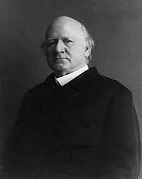















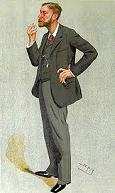
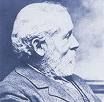
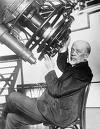



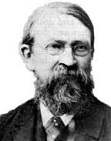


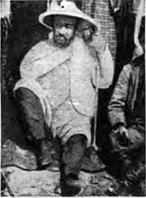
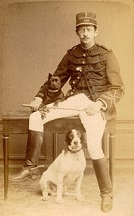

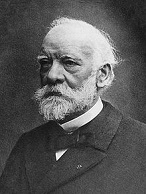
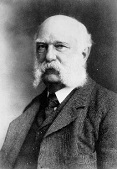


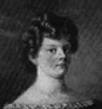






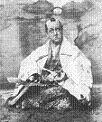





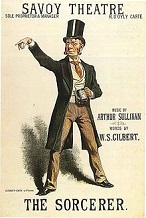



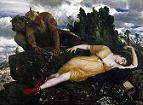
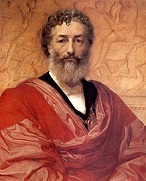
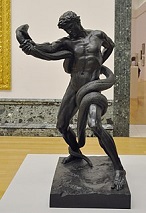


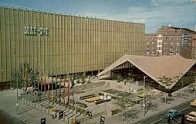

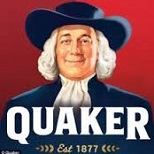
1877 Turkey becomes the center of pan-Islamism until right before WWI? On Jan. 20 the Istanbul Internat. Conference (begun 1876) closes, and now that he's past that problem on Feb. 5 Sultan Abdul Hamid II fires grand vizier Midhat Pasha; on Mar. 19 the Ottoman parliament convenes in Istanbul until June 19, reconvenes on Dec. 13, and is dissolved next Feb. 14 by the sultan, who suspends the constitution and rules as an autocrat (until July, 1908), setting up the most autocratic system of rule Turkey *has ever seen, making the grand viziers into puppets while running everything from Yildiz Palace and setting up a huge system of bureaucracy and secret police; Midhat Pasha is exiled in Syria and quietly murdered in 1883. On Mar. 1 the U.S. Supreme (Waite) Court rules 7-2 in Munn v. Ill. affirms the constitutionality of state regulation of private industries that affect publis interests such as grain storage facilities, upholding an Ill. law backed by the Nat. Grange to set max rates private cos. can charge for storage and transport of agricultural products; reversed in Wabash, St. Louis & Pacific Railway Co. v. Ill. (1886). On Jan. 29-Sept. 24 the Satsuma Revolt (Rebellion) against the Meiji govt. in Japan is suppressed, becoming the last gasp of the samurais; after transporting troops to defeat the rebellion, Mitsubishi Co. gets in good with the Japanese govt. America is made safe for generations of John Waynes? On Mar. 2 after the U.S. Electoral Commission votes 8-7 on straight party lines to award the disputed electoral votes and the U.S. Pres. Election to Repub. candidate "Rutherfraud" Hayes, he sails in by 185 to 184 (1st time since 1824 that the winner of the popular vote loses the election); on Feb. 26 after Dem. leaders challenge the Commission, promising a filibuster, loser Samuel J. Tilden agrees to the wormy Compromise of 1877 ("the betrayal of the Negro") in a smoke-filled room in the new (1871) 5-story Wormley's Hotel at 1500 H St., N.W. in Washington, D.C., owned by freeborn black man James Wormley (1819-84), in which the Dems. agree to accept Hayes in return for a Southern cabinet member and removal of federal troops from Southern states, ending Reconstruction and giving white supremacists a stranglehold on Southern (cracker?) politics, after which Southern Black Codes soon effectively disenfranchise black voters for the next 90 years - and keep them away from our white wimmin? The first U.S. pres. you can call on the telephone? On Mar. 4 (Sun.) Delaware, Ohio-born Harvard Law School grad. (wounded 4x in the Civil War) Rutherford Birchard Hayes (1822-93), AKA "Rutherfraud", "His Fraudulency", "the Usurper", "Old Eight-to-Seven" (the commission straight-party vote), "President De Facto", "the Great Unknown", "the Dark Horse President", "Granny Hayes", "Queen Victoria in Riding Breeches" (doesn't smoke, drink, or gamble), becomes the 19th U.S. pres. (until Mar. 4, 1881) in the 26th U.S. Pres. Inauguration in Washington, D.C., becoming first U.S. pres. to take his oath of office in the White House (to keep it a secret until the hysteria dies down); first pres. to have a telephone in the White House (1879), and first to travel to the West coast; Grant beomes the only U.S. pres. between Jackson and Wilson to serve two full consecutive terms; Hayespromises to serve only one term, becoming known for the soundbyte: "He serves his party best who serves his country best"; his Temperance-pushing wife "Lemonade" Lucy Ware Webb Hayes (1831-89) becomes the first First Lady to graduate from a college (Wesleyan); in her White House "the water flowed like wine"; he tries to let the white upper class run the South again in the belief that they will protect blacks from violence, only to be bitterly disappointed, keeping the South a Crackerland for the next cent., spending his retirement working for civil rights for blacks and educational reform a la Jimmy Carter; U.S. Rep. (R-N.Y.) (1861-3, 1869-77) William Almon Wheeler (1819-87) becomes the 19th U.S. vice-pres. (until Mar. 4, 1881); almost-3-term Grant retires to take a trip around the world and work on his memoirs; on Mar. 10 U.S. Sen. (R-Ohio) (since 1861) John Sherman (1823-1900), younger brother of Gen. William Tecumseh Sherman becomes U.S. treasury secy. #32 (until Mar. 3, 1881). On Mar. 18 Britain annexes Walvis Bay on the SW coast of Africa, and on Apr. 12 annexes the South African Repub. under Sir Theophilus Shepstone (1817-93), which pisses-off the Afrikaners, who call it a violation of the 1852 Sand River Convention, even though the repub. is in a state of near anarchy and it is being done to prevent Germany from moving in. On Mar. 1 Serbia signs a peace treaty with the Turks, providing for a return to prewar status. On Mar. 23 John D. Lee (b. 1812), adopted son of Brigham Young is executed for his part in the Mountain Meadows Massacre; Brigham Young (b. 1801) dies on Aug. 29. In Apr. Pres. Hayes withdraws federal troops from the state houses in La. and S.C., causing the Repub. govts. there to collapse, along with much of Hayes' claim to legitimacy; as promised in the Compromise of 1877, Hayes chooses a former Confederate from Tenn. as postmaster-gen., but the Southern Dems. fail to approve his choice of James A. Garfield as Speaker of the House as they promised; Hayes puts the damper on further federal subsidies for railroad building, killing the Southerners' transcontinental railroad of the South. On Apr. 12 Juan Bautista Gill (b. 1840) is assassinated, and Don Jose Higinio Uriarte y Garcio del Bario (1843-1909) becomes pres. of proud-as-punch Paraguay (until Nov. 25, 1878). On Apr. 24 federal troops are ordered out of New Orleans, ending the Northern post-Civil War rule in the South - where are the troops headed now, to fight the Indians? On Apr. 24 after failing to win European support at the Istanbul Internat. Conference, Russia, backed by Romania declares war on Turkey, beginning the 1877-8 (Eleventh) Russo-Turkish War (ends Mar. 3, 1878), and enters Romania, then crosses the Danube River; on May 21 the Romanian govt. declares independence from Turkey, and Bismarck decides not to intervene. On May 21 Pope Pius IX holds a Golden Jubilee of his priestly ordination; U.S. Gen. William Tecumseh Sherman's devout Roman Catholic wife Ellen Ewing Sherman (1824-88) organizes U.S. observances, receiving the pope's personal thanks. In early May the U.S. Army wins the Lame Deer Fight, and Sitting Bull leads his people into Canada, while Crazy Horse (b. 1849) surrenders to the U.S. govt. on May 6, ending the Great Sioux War (begun 1876); he is put on a Rez, then killed resisting arrest on Sept. 5 after bringing his sick wife in for help; meanwhile the U.S. govt. seizes the Black Hills (106 mi. x 52 mi.), abrogating their 1868 treaty; on June 13, 1979 the U.S. Court of Claims awards the Sioux tribes $17.5M plus 5% yearly interest ($105M) in compensation. Speaking of how Americans treat dogs? On June 15 Thomasville, Ga.-born Henry Ossian Flipper (1856-1940) becomes the first African-Am. graduate of West Point - the future's so bright he has to wear er, shades? In the summer a strike against the Baltimore & Ohio Railroad leads to riots. In June the Nez Perce War begins when Chief Joseph (1840-1904) of the Nez Perce tells the palefaces to stuff their rez in Idaho, and begins a 1.2K-mi. fighting retreat from Ore. to the U.S.-Canada border in Mont. with 200 warriors, hoping to get sanctuary with the Lakota led by Sitting Bull, who fled Canada in May, battling 2K paleface troops, fighting 18 battles incl. four major ones until they are surrounded at the Battle of Bear Paw (Bears Paw Mt.) on Sept. 30-Oct. 5 and surrender just short of the Canadian border, uttering the soundbyte "I will fight no more forever", after which he and his people are forced to another rez in Okla., where white missionary Henry Spalding orders them to build him a log cabin, then orders it moved, and when they don't do it fast enough has them whipped. On July 4 Congress approves a new U.S. flag with 38 stars (design #20), which now incl. Colo.; no more changes until 1890. On July 7 a Russian detachment of four divs. led by marshal Count Joseph Vladimirovich Romeyko-Gourko (1828-1901) takes Trnovo, then crosses the Balkans by the Ham Bogaz Pass (near Hainkioi), captures Uflani, Maglish, and Kazanlyk, then on July 17-19 wins the First Battle of Shipka Pass, defeating 5K Turks and taking the last of three key passes through the Balkan Mts. only 16 days after crossing the Danube River, throwing Constantinople into a panic, causing Suleiman Pasha to lead 30K mad Turks to take on the Russkies on Aug. 21-26 at the Second Battle of Shipka Pass; defeated but not out of it yet, Suleiman Pasha tries again on Sept. 13-17 in the Third Battle of Shipka Pass, and gets his butt kicked again; meanwhile Count Gourka, after occupying Stara Zagora (Eski Zagra) and Nova Zagora (Yeni Zagra) returns over the Balkans to capture Plevna. In July after the 150K-man Russian army under Grand Duke Nicholas heads toward the Danube River virtually unopposed, they win the Battle of Nikopol in Bulgaria and take the city, causing 40K Turks under field marshal Osman Nuri Pasha (1832-1900) to make a stand at Pleven 20 mi. S of Nikopol; on July 20-Dec. 10 the Siege of Pleven, is a V for Russians at the cost of 34K casualties, vs. 7K for the Turks, plus the loss of 40K POWs, becoming a Russian tactical V and an Ottoman strategic V, causing Osman Pasha to become known as the Hero of Pleven. In July striking railroad workers in Pittsburgh, Penn. denounce capitalists and Chinese workers; other strikes are held in Baltimore, Chicago, and W. Va. On Aug. 24 (21?) Wild Bill Hickock's lady friend Mattie Silks (Martha A. Ready) (1845-1929), who moved to Colo. in 1875 then set up a fancy (still legal) whorehouse on Holladay (later Market) St. in dirty Denver holds a party with her beau, local stud Cortez Thomson (-1900), a married former member of Quantrill's Raiders who likes to wear pink tights and star-spangled blue trunks and run footraces; too bad, rival madame (his old flame) Katie Fulton crashes the party on Colfax Ave. at the Platte River (later Commons Park), causing the only recorded female-female gunfight in the Old West; both women miss, but one of them wounds Thompson; after his wife dies in 1884 he marries Silks. On Aug. 29 LDS Church pres. #2 (since Dec. 27, 1847) Brigham Young (b. 1801) dies in Salt Lake City, which has a pop. of 100K, mostly Mormons. On Sept. 4 Quaker Mill Co. in Ravenna, Ohio is founded by Henry D. Seymour and William Heston (no connection with the real Quakers), with a portrait of Wiliam Penn as the logo, trademarking the Quaker name and growing to the city's largest employer until merging in 1901 with three other oat mills to create Quaker Oats Co. in Chicago, Ill., headed by Henry Parsons Crowell (1855-1944), becoming the "autocrat of the breakfast table"; he later gives 60-90% of his profits to his brand of Christian religion; meanwhile the co. backs off from the William Penn connection too, settling on a generic Quaker man as the logo; in 1969-91 it acquires toy co. Fisher-Price; in 1983 it acquires Stokely-Van Camp; in the late 1980s it begins featuring actor Wilford Brimley in TV commercials; in 1994-7 it acquires Snapple; in Aug. 2001 it is acquired by PepsiCo. On Sept. 15 after a life as a fighter for Giuseppe Garibaldi and an anarchist, becoming a disciple of Antonine Careme, Swiss chef Joseph Favre (1849-1903) begins pub. La Science Culinaire in Geneva, becoming the first prof. chef to run a journal, and the first to suggest culinary exhibitions and competitions, pioneering molecular gastronomy; the first culinary exhibition is held in 1878 in Frankfurt; in 1879 Favre founds the Union Universelle pour le Progres de l'Art Culinaire, which expands to 80 chapters worldwide incl. the Societe des Cuisiniers Francais in Paris, which pub. L'Art Culinaire; too bad, he is expelled in Apr. 1883 along with five others after the majority get pissed-off at their sponsorship of cooking classes and free lectures, which they consider a betrayal of prof. secrets, and Favre founds L'Academie Culinaire de France. On Sept. 17 Pomare IV (b. 1813) dies, and her son Pomare V (1839-91) becomes the 5th and last king of Tahiti (until June 29, 1880). In the fall the Ottoman defenses collapse, and the Russians go on to take Sofia and Adrianople, followed by a V on Nov. 17 at the Battle of Kars in Turkey. In Oct. the Russians under Count Joseph Gourko attack the Plevna line of communication to Orkhanie, capture Gorni-Dunik, Telische and Vratza, followed by Orkhanie in mid-Nov., isolating Plevna, which falls in Dec. On Nov. 15 Am. expatriate modern artist James Abbott McNeill Whistler (1834-1903) (fond of lavender gloves and pince-nez) sues British art critic John Ruskin for libel for a July 2 article on his painting Nocturne in Black and Gold: A Falling Rocket that said he "never expected to hear a coxcomb ask two hundred guineas for flinging a pot of paint in the public's face"; he wins next year, but is only awarded one farthing in damages, and the legal fees bankrupt him, causing him to give up modern art. On Nov. 24 U.S. war sloop USS Huron sinks off the coast of N.C., killing 110. On Nov. 29 Boyle County, Ky.-born Princeton-educated conservative Repub. (Union col.) John Marshall Harlan (1833-1911) (named after chief justice #1 John Marshall) (first with a law degree) becomes U.S. Supreme Court justice #44 (until Oct. 14, 1911) to replace David Davis (1862-77), leaving the court at nine members; a Christian fundamentalist, he goes on to become known as "the Great Dissenter" for opposing "Plessy v. Ferguson" (1896) et al. - how many can read French? On Dec. 6 the Washington Post is founded in Washington, D.C. by N.H.-born Dem. Stilson Hutchins (1838-1912); in 1880 Jewish journalist Joseph Pulitzer joins the staff; in 1888 Hutchins ends his allegiance to the Dems.; in June 1933 it is purchased at a bankruptcy auction by Jewish financier (Federal Reserve chmn. in 1930-3) Eugene Isaac Meyer (1875-1959), and it stays in the family until ?, becoming known for having its own foreign bureaus and for political reporting on the inner workings of the U.S. govt. incl. White House and Congress, reaching a modern-day circ. of 474K daily and 838K Sun. On Dec. 31 Pres. and Mrs. Hayes celebrate their silver (25th) anniv. by reenacting their wedding ceremony in the White House; technically, they are a day late. In Dec. the House passes the U.S. Bland-Allison Act, sponsored by Mo. Dem. Rep. (1873-99) Richard Parks "Silver Dick" Bland (1835-99), providing for the unlimited coinage of silver at a 16:1 ratio to gold; Iowa Repub. Sen. (1873-1908) William Boyd Allison (1829-1908) weakens it to require the govt. to only buy $2M-$4M of silver per mo. at market prices for coining into silver dollars; it continues in force until the 1890 U.S. Sherman Silver Law ends it; Philly schoolteacher Anna Willess Williams (-1926) models for the new Liberty Silver Dollar, which becomes legal U.S. tender next Feb. 16. At the Fifth Anniv. of Disraeli's Crystal Palace Speech, the chmn. says: "A few years ago everybody said that if a Conservative workingman could be found, he ought to be put in a glass case. We have found for him the largest glass case in England tonight"; the workers are now split evenly between Conservatives and Liberals thanks to Disraeli. The last Cape-Xhosa War (ends 1878) sees the Afrikaners starve their prey, er, enemy into submission? Mestizo gen. Porfirio Diaz (1830-1915) rebels against the reelection of Sebastian Lerdo de Tejada, and is elected pres. of Mexico (until 1880, then again from 1884-1911), signing a constitutional amendment forbidding immediate reelection; the 34-year Porfiriato begins, during which his regime develops a rule by the elite and middle class Spanish, who ride on the backs of the Indian peasant masses of the countryside while modernizing and trying in vain to catch up to the gringos in El Norte, who smugly continue their 1848 Apartheid. The state of N.H. finally amends its constitution to allow non-Protestants to hold office in the state legislature. On ? the U.S. Supreme (Waite) Court rules in Meister v. Moore that a Mich. law establishing rules for solemnizing marriges didn't abolish pre-existing common-law marriage - more than a mister? There is a tiger of a famine in Bengal. German postal dir. Heinrich von Stephan introduces the telephone to Germany - wanna get in my face? Manx-born British Royal Engineers Lt. George Dashwood Taubman Goldie (1846-1925) visits the Niger River region of Africa, and begins forming the United African Co. of Nigeria PLC to merge all British commercial interests and apply for a royal charter, changing the name to Nat. African Co. then Royal Niger Co., becoming the Cecil Rhodes of Nigeria but without the big publicity. The Western Pacific Order-in-Council creates the Fiji-based Western Pacific High Commission to administer affairs under British influence. Confed. Gen. John Tyler Morgan is elected to the U.S. Sen. from Ala., serving six terms (until 1907). China establishes diplomatic legations in London and Berlin, followed by Paris, Washington D.C. and Tokyo in 1878, Madrid and St. Petersburg in 1879, and Lima in 1880. Frozen meat is shipped from Argentina to Europe for the first time. The first Patent Protection Law is enacted in Germany. The U.S. Mint strikes less than 10 copies of the giant gilded copper $50 Half Union Proof to use some of the gold coming from Calif., then decides not to go through with it, after which an employee secretly sells two of them for $20K, and they don't show up again until 1907, ending up in the Smithsonian Inst. Irish immigrant drayer Denis Kearney (1847-1907) begins protesting against competition by Chinese laborers in San Francisco, and revives the 1829 Workingman's Party of Calif., backed by several newspapers, with the slogan "The Chinese Must Go", and the soundbyte: "We intend to try and vote the Chinaman out, to frighten him out, and if this won't do, to kill him out. The heathen slaves must leave this coast"; he then affiliates with the Grangers and sends a large number of delegates in 1878 to a state convention to draft a new white supremacist Calif. constitution; he tours the east, but fails to expand outside Calif. and eventually retires in 1884. An anti-vagrancy law is passed in Guatemala forcing Indians to work on local coffee plantations; meanwhile big planters steal Indian lands - thanks for everything guys? Greek arms dealer Sir Basil Zaharoff (1849-1936) begins his career dealing arms to both sides in the Balkan War, going on to head the Vickers munitions firm. A Hawaiian princess donates a small patch of land on Kealakekua Bay to Britain for a memorial to Capt. James Cook. Ariz. Territory capital (since 1867) Tucson, Ariz. (O'odham "Cuk Son" = base of the black hill) (founded on Aug. 20, 1775 as Presidio San Agustín del Tucsón) on the Santa Cruz River in the Sonoran Desert (modern-day pop. 530K/1M) is incorporated; in 1889 the Ariz. capital is moved to Phoenix, which passes Tucson in pop. in the 1910s; 60 mi. SE the town of Tombstone, Ariz. (modern-day pop. 1.3K) is founded in 1879 as a silver mining strike by Wellsboro, Penn.-born prospector Edward Lawrence "Ed" Schieffelin (1847-97), who was told that is the only kind of stone he'd find in Goose Flats (he ends up finding silver and founding the Contention, Lucky Cuss, and Tough Nut mines); the town is incorporated in 1881, becoming known for its frontier main street ended by the Bird Cage Saloon with a 24/7/365 basement poker game attracting players incl. Diamond Jim Brady, Doc Holliday, and Bat Masterson, and the Gunfight at the O.K. Corral on Oct. 26, 1881 at the other end towards Boot Hill at the NW corner of town; by the mid-1880s local mines produce $40M-$85M in silver bullion, becoming one of the last Am. Frontier boom towns. Roman Catholic Regis College is founded as Las Vegas College in Las Vegas, N.M., moving to Morrison, Colo. in 1884 as Sacred Heart College, then in 1887 to Denver, Colo.; in 1921 it becomes Regis College in honor of St. John Francis Regis; in 1991 it becomes Regis U. Swiss theologian Louis Lucien Rochat (1849-1917) of Geneva founds the Blue Cross to fight alcoholism. English feminist Freethinker Annie Besant (1847-1933) and notorious crusading English atheist secularist Charles Bradlaugh (1833-91) are prosecuted for repub. the birth control-promoting book The Fruits of Philosophy (1831) by Mass. atheist physician Charles Knowlton (1800-50), making them famous and helping Bradlaugh become a MP for Northampton in 1880-91, the sales of the book zooming to 125K a year, reversing British pop. growth. English poet-artist William Morris founds the Society for the Protection of Ancient Buildings. The Third Impressionist Exhibition is held in Paris, with 18 participatants incl. Paul Cezanne. The Univ. of Hartford (originally the Hartford Society for Decorative Art) in West Hartford, Conn. is founded by a group of women incl. Harriet Beecher Stowe and Mark Twain's wife Olivia Langdon Clemens at the Wadsworth Atheneum, the first public art museum in the U.S. The U. of Manitoba in Canada is established. The Am. Museum of Natural History in New York's Central Park is founded, becoming the world's largest natural history museum. The New York Symphony Orchestra, founded by Prussian-born violinist-conductor Leopold Damrosch (1832-85) gives its first public concert. British Liberal MP Henry Labouchere (Labouchère) (1831-1912), who gained a rep. as a wit for his dispatches from Paris during the 1870 siege founds the weekly journal Truth, which get sued regularly for libel and which is parodied in the comic opera "His Excellency" by W.S. Gilbert after the latter feuds with Henry's live-in lover, actress Henrietta Hodson; the poem The Brown Man's Burden in the journal; "Pile on the brown man's burden/ To gratify your greed;/ Go, clear way the 'niggers'/ Who progress would impede;/ "Be very stern, for truly/ 'Tis useless to be mild/ With new-caught, sullen peoples,/ Half devil and half child... And should your own past history/ Straight in your teeth be thrown,/ Retort that independence/ Is good for whites alone". Baritone actor Rutland Barrington (1853-1922) debuts, going on to perform memorable roles in Gilbert & Sullivan operas, incl. Capt. Corcoran in "HMS Pinafore", Sgt. of Police in "The Pirates of Penzance", and Pooh Bah in "The Mikado". Polish immigrant actress Helena Modjeska (1840-1909) debuts in San Francisco and New York City, and becomes a hit, going on to play nine Shakespearean heroines. The Green Room Club on Adam St. in London for stage profs. opens. Poet Arne Garborg (1851-1924) founds the weekly pub. Fedraheim, advocating the adoption of Landsmaal, a Norwegian lit. language based on Old Norse, in which his lyric poems I Helheim (1901) is written. Joseph Keppler (1838-94) founds the humorous weekly mag. Puck. May Department Stores Co. is founded in Leadville, Colo. by Kaiserslautern, Germany-born David May (1848-1927), booming during the Colo. Silver Rush and moving to Denver, Colo. in 1889, followed by St. Louis, Mo. in 1905; in 1956 it acquires the Daniels & Fisher Co. of Denver, Colo., merging it with the local May stores to create the May D&F division; in 2004 it takes over the Marshall Field's chain; in 2005 it is acquired by Federated Dept. Stores for $11B; in 2006 400+ former May stores are consolidated and renamed Macy's. The Swiss Brewers' Assoc. is founded, growing to 230 members. Sports: On Mar. 15 he first-ever official cricket Test Match is held at Melbourne Cricket Ground between Australia and England; Australia wins by 45 runs. On May 8-11 the Westminster Kennel Club produces its 1st annual Westminster Kennel Club Dog Show, becoming the 2nd oldest sporting event after the Kentucky Derby to survive to modern times; the first best of show award is given in 1905. The first All-England Lawn Tennis Championships are held at Wimbledon; the men's singles champion is Spencer W. Gore; there is no women's singles championship until 1884. The Kentucky Derby is won by 17-y.-o. former slave jockey William "Billy" Walker (1860-1933), riding Baden Baden (1874-7), who finished 3rd in the Belmont Stakes, wins the Travers Stakes at Saratoga, then breaks a bone in the Kenner Stakes and is put down. The Montreal Hockey Club in Quebec (known for its winged wheel logo) is founded, formally organizing on Nov. 28, 1884 as a member of the Montreal Amateur Athletic Assoc. (MAA) , playing its first game on Jan. 20, 1885 against the McGill U. team, winning 2-1, co-founding the Amateur Hockey Assoc. of Canada (AHAC) (1886) before joining the Canadian Amateur Hockey League (1898), Eastern Canada Amateur Hockey Assoc. (ECAHA) (1905), and Inter-Provincial Amateur Hockey Union (1908); the 1930 team wins the Allan Cup; the 1902 team becomes known as the Little Men of Iron, who form the core of the Montreal Wanderers. London-born British swimming instuctor William Wilson (1844-1912) invents Water Polo ("Aquatic Football"); the first game is held on the banks of the Dee River in Aberdeen, Scotland at the Bon Accord Festival. Architecture: The Rijksmuseum in Amsterdam is built to house Dutch paintings from the Golden Age. The St. George Temple in St. George, Utah is dedicated on Apr. 6, becoming the first temple completed by the Mormons after their forced exodus from Nauvoo, Ill. Trinity Church in Boston (begun 1872) is finished. The nave of the new Neo-Gothic St. Patrick's Cathedral (Cathedral of St. Patrick) on the E side of 5th Ave. between 50th St. and 51st St. in Manhattan, N.Y. is opened; the cathedral is dedicated in 1879. Inventions: On Dec. 22 French physicist Louis-Paul Cailletet (1832-1913) and Swiss physicist Raoul Pictet (1846-1929) simultaneously send telegrams to the Academy of Science in Paris announcing their invention of machines for liquefying oxygen; Picet goes on to liquefy nitrogen and demonstrate that radiation from a cold object cannot heat a warmer object - picture their yipee-yo-cay-yay? Bobsleds are first used in Davos, Switzerland, with a steering wheel and brakes added to a normal sled - you ladies look like models? The first Phonograph, along with a (carbon) microphone and audible sound recording are made by hard-of-hearing Am. inventor Thomas Alva Edison (1847-1931), a snippet of a Handel oratorio recorded on a wax cylinder; too bad, on Apr. 30 French poet-inventor Charles Cros (1842-88) submits a letter to the Academy of Science in Paris describing his invention of the phonograph, but Edison beats him to a working model, and receives a patent on Feb. 19, 1878. German bacteriologist Julius Richard Petri (1852-1921) becomes asst. to Robert Koch in Berlin, inventing the Petri Dish; actually, he only was the first to pub. it in 1887? The first public telephones in the U.S. become available; Edwin T. Holmes, son of burglar alarm inventor Edwin Holmes installs the first telephone switchboard burglar alarm in Boston, Mass. on May 17. James Starley (1830-81) of Sussex, England invents the differential gear for tricycles, becoming the father of the bicycle industry. Sir John Isaac Thornycroft (1843-1928) of Britain, whose facility is on the Thames River at Chiswick receives the first patent for an air-cushioned Hovercraft - why not the air-cushioned thornycraft? British linoleum inventor Frederick Edward Walton (1834-1928) invents Lincrusta, a heavily embossed wall covering made from gelled linseed oil and wood flour that becomes popular in royal homes and railway carriages. The Aftabeh asshole washing douche can is invented on Oct. 7 in Masshad, Iran by Haj Seyyed Gholamhossein Hasani Nejad, allowing Muslims to keep clean and sweet for their daily prayers sans toilet paper - no wonder it's the home of the assaholas? Science: On Aug. 12 while not throwing steel wires onto a wooden plane, Am. astronomer Asaph Hall (1829-2907) discovers Mars' moons Deimos (Mars II) (smaller and farther, rises in the E and sets in the W), followed on Aug. 17 Phobos (Mars I) (larger and closer, rises in the W and sets in the E) (closest moon to its primary in the Solar System), with English chemist Henry George Madan (1838-1901) suggesting the names after Book 15, Line 119 of Homer's Iliad, where Ares (Mars) summons Dread (Deimos) and Fear (Phobos); Madan's grand-niece Venetia Phair (nee Burney) later names Pluto in 1930; meanwhile Italian astronomer Giovanni Virginio Schiaparelli (1835-1910) first observes the canals (canali) of Mars, sparking the public's imagination. French chemist Charles Friedel (1832-99) and Am. chemist James Mason Crafts (1839-1917) pub. the Friedel-Crafts Reaction for attaching alkyl and other groups to an aromatic ring using the chloride of aluminum as catalyst, becoming one of the most fruitful synthetic methods in organic chemistry, allowing hundreds of new carbon compounds to be created. English polymath Sir Francis Galton (1822-1911) (Charles Darwin's half-cousin) invents Statistical Regression toward the Mean. German microbiologist Robert Heinrich Hermann Koch (1843-1910) develops the Koch Technique for staining and identifying bacteria - he does it by hand? Austrian (Moravian) physicist Ernst Waldfried Josef Wenzel Mach (1838-1916) pub. a paper announcing Mach Numbers, the ratio of flow velocity past a boundary to the local speed of sound. French Louvre archeologist Gaston Charles Ernest Choquin de Sarzec (1832-1901) begins the excavation of ancient Lagash in Sumeria NW of the junction of the Tigris and Euphrates Rivers (until 1900), finding instead ancient Girsu (15 mi. NW of Lagash); he is followed by Marie Augustin Gaston Cros (1861-1915) (1903-09), Henri Pierre Louis du Verdier de Genouillac (1881-1940) (1929-31), and Table-Talk. Heinrich Anton de Bary (1831-88), Comparative Anatomy of Ferns and Phaneograms. Bruno Bauer (1809-82), Christ and the Caesars; brings out parallels between the Gospel texts and the writings of Seneca the Stoic, whom he claims was a closet Christian. Desire-Magloire Bourneville and Paul Regnard, iconophie Photographique de la Saltpetriere (1877-80); photos of women with hysteria at the Saltpetriere in paris. John Burroughs (1837-1921), Birds and Poets. Madame H.P. Blavatsky (1831-91), Isis Unveiled: A Master-Key to the Mysteries of Ancient and Modern Science and Theology; claims to receive her revelations from the Mahatmas or Masters of the Hidden Brotherhood, knocking Science and organized religion, calling the Devil a myth, and comparing Christianity unfavorably with Buddhism. Georg Morris Brandes (1842-1927), Ferdinand Lassalle; Soren Kierkegaard. Edward Caird (1835-1908), Critical Philosophy of Kant; creates a 2nd gen. of Kantian idealists, incl. John Watson and Bernard Bosanquet. Charles Castelli, The Theory of Options in Stocks and Shares; introduces hedging and speculation, and launches the science of option pricing techniques. Bernal Diaz del Castillo, History of the Conquest of New Spain (1877-87); tr. into French by Jose Maria de Heredia. Moncure D. Conway (1832-1907), Idols and Ideals, with an Essay on Christianity. Felix Dahn (1834-1912), Die Staatskunst der Frauen (Women's Statecraft). Charles Darwin (1809-82), Different Forms of Flowers in Plants of the Same Species. Tryon Edwards (1809-94) (ed.), The New Dictionary of Thoughts: A Cyclopedia of Quotations. William Ferrel (1817-91), Meteorological Researches; states Ferrel's Law, that moving objects are deflected to the right in the N hemisphere and left in the S hemisphere, explaining cyclones and anticyclones and Foucault's Pendulum. Baron Kolmar von der Goltz, Leon Gambetta and Seine Armeen. Octavia Hill, Our Common Land. William Jefferies (1848-87), The Gamekeeper at Home. Harriet Martineau (1802-76), Autobiographical Memoir (posth.). Lewis Henry Morgan (1818-81), Ancient Society: Researches in the Lines of Human Progress from Savagery through Barbarism to Civilization; puts his kinship studies into a Darwinian evolutionary framework, theorizing a ladder going from "primitive promiscuity" to matriarchy, patriarchy then monogamy, turning on Marx and Engels and others - too bad kinship seems to be devolving back into primitive promiscuity by the late 20th cent.? Walter Herries Pollock (1850-1926) and Alexander J. Duffield, Marston: A Story of These Modern Times. George John Romanes (1848-94), The Scientific Evidences of Organic Evolution; by Charles Darwin's lifelong friend and intellectual heir; too bad, he dies prematurely, before Gregor Mendel's work is rediscovered in 1900. Fred W. Rose, Serio-Comic War Map for the Year 1877; cartoon map shows Russia as a gigantic octopus; first in a series (1899, 1900). Philip Schaff (1819-93), The Creeds of Christendom, with a History and Critical Notes (3 vols.). John William Strutt, Lord Rayleigh (1842-1919), Treatise on (Theory of) Sound (2 vols.). Daniel Stern, Mes Souvenirs, 1806-33. Robert Louis Stevenson (1850-94), An Inland Voyage; a Rob Roy canoe trip through France and Belgium. William Graham Sumner (1840-1910), Lectures on the History of Protectionism in the United States Delivered Before the International Free Trade Alliance. Algernon Charles Swinburne (1837-1909), Note on Charlotte Bronte. Sir Charles Wyville Thomson, The Voyage of the Challenger. William Wait, A Treatise Upon Some of the General Principles of the Law. David Ames Wells, The Silver Question. Lyddleton Forbes Winslow (1844-1913), Spiritualistic Madness; claims that spiritualism causes insanity and that there are "nearly ten thousand persons in America" confined in lunatic asylums for it. Johann Karl Friedrich Zollner (1834-82), Treatise on Spiritualism; a German physicist shows how many ways I love you to his dead loved ones? Music: The pub. of the Complete Musical Works of Mozart begins (finished 1904). Euphemia Allen (1861-1949), Chopsticks (Glasgow); pub. under alias Arthur de Lulli; one of thousands written during this cent. Alexander Borodin (1834-87), Second Symphony; most original ever written by a Russian composer? Johannes Brahms (1833-97), Symphony No. 2, Op. 75. Emmanuel Chabrier (1841-94), L'Etoile (opera). Charles Gounod (1818-93), Cinq-Mars (opera). Edouard Lalo, Cello Concerto in D minor; his only concerto; inspired by Charles-Camille Saint-Saens' Cello Concerto in A minor. Jules Massenet (1842-1912), Le Roi de Lahore (opera). Charles-Camille Saint-Saens (1835-1921), Samson et Dalila (opera) (Weimar). Peter Tchaikovsky (1840-93), Francesca da Rimini (symphonic poem); Swan Lake (ballet) (Bolshoi Theatre, Moscow) (Mar. 4) (Feb. 20 Old Style); good white swan Odette (Fr. "treasure") and bad black swan Odile (daughter of evil wizard Von Rothbart), who impersonates her so that hunk Siegfried will break his promise to her; a flop, it becomes a hit on its 2nd posth. 1895 debut. Art: Arnold Bocklin (1827-1901), Sleeping Diana Watched by Two Fawns - gee isn't this symbolic? George Henry Boughton (1833-1905), The Edict of William Testy. William-Adolphe Bouguereau (1825-1905), La Vierge Consolatrice. Gustave Caillebotte, Paris Street, Rainy Day; flaneurs. Winslow Homer (1836-1910), Dressing for the Carnival. Viktor Kusnetsov, Acrobats in a Paris Suburb. Frederic Leighton (1830-96), Athlete Wrestling with a Python (bronze sculpture) (Royal Academy); founds the New Sculpture style, which seeks to reanimate the form of the classic statue with realism, bridging the 19th cent. neoclassical style and modernism. Edouard Manet (1832-83), Nana. Charles August Mengin (1853-1933), Sappho. Jean-Louis Meissonier (1815-91), Portrait of Alexandre Dumas. John Everett Millais (1829-96), Effie Deans. Samuel Palmer (1805-81), The Waters Murmuring. Camille Pissarro (1830-1903), Red Roofs. Plays: Sir Francis Burnand (1836-1917), Artful Cards. Sir William Schwenck Gilbert (1836-1911), Engaged. Sir William Schwenck Gilbert (1836-1911) and Sir Arthur Sullivan (1842-1900), The Sorcerer (comic operetta #3) (Opera Comique, London) (Nov. 17) (178 perf.); Alexis Pointdextre is set to marry blue-blood Aline Sangazure in the village of Ploverleigh, while the heart of young maiden Constance Partlet belongs to the vicar Dr. Daly, causing John Wellington Wells of J.W. Wells & Co., Family Sorcerers to be hired to make a batch of love potion. Henrik Ibsen (1828-1906), The Pillars of Society. Catulle Mendes (1841-1909), Justice; "a hymn in praise of suicide". Arthur Wing Pinero (1855-1934), £200 a Year (comedy) (debut). Vladimir Solovyov (1853-1900), The Philosophical Principles of Integral Knowledge; The Critique of Abstract Principles) (1877-80); Lectures on Divine Humanity (1877-91). August Strindberg (1849-1912), Master Olof. Novels: Louisa May Alcott (1832-88), A Modern Mephistopheles. Thomas Bailey Aldrich (1836-1907), Queen of Sheba. Ned Buntline (1823-86), Buffalo Bill Trails the Devil Head. Bankim Chandra Chatterji (1838-94), Chandrasekhar; Rajani. Alphonse Daudet (1840-97), Le Nabab. Joseph Arthur, Count de Gobineau (1816-82), La Renaissance. Edmond de Goncourt (1822-96), La Fille Elisa. Margaret Wolfe Hungerford (1855-97), Phyllis (first novel). Helen Hunt Jackson (1830-85), Hetty's Strange History. Henry James (1843-1916), The American. Edward Page Mitchell (1852-1927), The Man Without a Body (Mar.); teleportation; Exchanging Their Souls; mind transfer. Charles Reade (1814-84), A Woman Hater; expose of village life. Edward Payson Roe (1838-88), A Knight of the Nineteenth Century. Leopold von Sacher-Masoch (1836-95), The Man Without Prejudice; Property; vol. 2 of "Legacy of Cain". Anna Sewell (1820-78), Black Beauty: The Autobiography of a Horse (first and only novel); AKA Darkie and Old Crony; worldwide bestseller (50M copies); a horse starts out as a riding and carriage horse, ends up as a mistreated town cab horse, and finds happiness in a secure home, keeping its good temper; written by invalid Sewell "to induce kindness, empathy and an understanding treatment of horses"; sold to Jarrolds for 20 pounds, and pub. 3 mo. before her death, after which it becomes the #6 bestseller in the English language; filmed in 1917 by Edward H. Griffith as "Your Obedient Servant", in 1924 by Edward H. Griffith, in 1946 by Max Nosseck, in 1971 by James Hill, and in 1994 by Caroline Thompson; "There is no religion without love, and people may talk as much as they like about their religion, but if it does not teach them to be good and kind to man and beast, it is all a sham." (Ch. 13) Henry Wheeler Shaw (1818-85), Josh Billings' Trump Kards. Theodor Storm (1817-88), Aquis Submersus. August Strindberg (1849-1912), From Fjerdingen and Svartbacken (short stories). Leo Tolstoy (1828-1910), Anna Karenina realist novel written after he drops out of college after three years; pub. in installments in 1873-7 in the Russian Messenger; "flaweless as a work of art" (Tolstoy); "the best [novel] ever written" (William Faulkner); "greatest novel ever written" (Time mag.); "All happy families are alike; each unhappy family is unhappy in its own way" (opening line); known for its motif of the moving train; married Princess Anna Arkadyevna Karenina, inspired by Alexander Pushkin's elder daughter Maria Hartung (Gartung) (1832-1919) married to old fart govt. official Alexei Alexandrovich Karenin while doing it with horse-loving cavalry officer Count Alexei Kirillovich Vronsky, who falls off mare Frou-Frou's saddle, and the racehorse breaks her back and has to be shot, causing Anna to confess her affair to her hubby, later committing suicide by throwing herself in front of a train; at the beginning her brother Prince Stepan "Stiva" Arkadyevich Oblonsky is unfaithful to his wife Princess Darya "Dolly" Alexandrovna, and his treatment is far more gentle than hers later. Anthony Trollope (1815-82), Is He Popenjoy?. Emile Zola (1840-1902), L'Assommoir. Births: English Mills and Boon publisher Gerald Rusgrove Mills (d. 1928) on Jan. 3 in Stourbridge; educated at the U. of Birmingham, and Caius College, Cambridge U.; collaborator of Charles Boon (1877-1943). Am. "Portrait of a German Officer" Modernist painter-poet (gay) Marsden Hartley (d. 1943) on Jan. 4 in Lewiston, Maine. Am. psychologist (author of the Stanford-Binet IQ test) Lewis Madison Terman (d. 1956) on Jan. 17 in Johnson County, Ind.; father of Frederick Terman (1900-82); educated at Indiana U., and Clark U. Am. banana magnate (Jewish) Samuel "Sam the Banana Man" Zemurray (Schmuel Zmurri) (d. 1961) on Jan. 18 in Kishinev, Bessarabia, Russia; emigrates to the U.S. in 1891. German spy Karl (Carl) Hans Lody (d. 1914) (AKA Charles A. Inglis) on Jan. 20 in Berlin. French "Impressions of Africa" poet-novelist Raymond Roussel (d. 1933) on Jan. 20 in Paris. German Reichsbank pres. (1933-9) Horace Greeley Hjalmar Schacht (d. 1970) on Jan. 22 in Tingleff, Schleswig-Holstein, Prussia (Denmark); named after Am. journalist Horace Greeley; coins the term "Iran" for Persia and sells it to the shah. English Hardy-Weinberg Principle mathematician Godfrey Harold "G.H." Hardy (d. 1947) on Feb. 7 in Cranleigh; educated at Trinity College, Cambridge U.; discoverer of math phenom Srinivasa Ramanujan (1887-1920); collaborator of John Edensor Littlewood (1885-1977). German teddy bear inventor (1903) Richard Steiff (d. 1939) on Feb. 7 in Giengen. French automaker ("the Henry Ford of France") Louis Renault (d. 1944) on Feb. 12 in Paris; brother of Fernand Renault (1865-1909) and Marcel Renault (1872-1903); not to be confused with jurist Louis Renault (1843-1918). German mathematician (Jewish) Edmund Georg Hermann Landau (d. 1938) on Feb. 14 in Berlinl; educated at the U. of Berlin. Am. electrical engineer-inventor (inventor of the crystal radio detector) Greenleaf Whittier Pickard (d. 1956) on Feb. 14 in Portland, Maine; grandnephew of poet John Greenleaf Whittier (1807-92); educated at Harvard U., and MIT. French "Maginot Line" statesman-politician (minister of war) Andre (André) Maginot (d. 1932) on Feb. 17 in Paris. Am. silent film actor (first matinee idol) Maurice George Costello (d. 1950) on Feb. 22 in Pittsburgh, Penn.; Irish immigrant parents; husband (1902-27) of Mae Costello (1882-1929); father of Helene Costello (1906-57) and Dolores Costello (1903-79), wife (1928-34) of John Barrymore (1882-1942); grandfather of John Drew Barrymore (1932-2004); great-grandfather of Drew Barrymore (1975-). Am. "History of the American Frontier" historian (of the Am. West) Frederic Logan Paxson (d. 1948) on Feb. 23 in Philadelphia, Penn.; educated at the U. of Penn., and Harvard U.; inventor of the term "historical engineering" for the revision of history textbooks for the govt. by "explaining the issues of the war that we might the better win it." Czech impressionist poet Karel Toman (Antonin Bernasek) (d. 1946) on Feb. 25 in Kokovice. Am. "The Katzenjammer Kids" cartoonist Rudolph Dirks (d. 1968) on Feb. 26 in Heide, Schleswig-Holstein, Germany; emigrates to the U.S. in 1884. Dutch Socialist poet Carel Steven Adama van Scheltema (d. 1924) on Feb. 26 in Amsterdam. French Altamira Cave archeologist Abbe Henri Edouard Prosper Breuil (d. 1961) on Feb. 28 in Mortain, Manche, Normandy. German Mannich Reaction chemist Carl Ulrich Franz Mannich (d. 1947) on Mar. 8 in Breslau; educated at the U. of Berlin. German aviation pioneer ("Father of German Gliding") ("the Rhone Father") (Rhönvater) Carl Oskar Ursinus (d. 1952) on Mar. 11 in Weissenfels. Am. "Sleeping Prophet" spiritualist (Disciples of Christ) ("Founder of the New Age Movement") Edgar Cayce (d. 1945) on Mar. 18 in Beverly (near Hopkinsville), Ky. French aviator Maurice Alain Farman (d. 1964) on Mar. 21 in Paris; parents are English; brother of Henri Farman (1874-1958). Am. philanthropist William Andrews Clark Jr. (d. 1934) on Mar. 29 in Deer Lodge, Mont.; youngest son of Sen. William Andrews Clark Sr. (1839-1925). British civil servant Maurice Pascal Alers Hankey, 1st Baron Hankey (d. 1963) on Apr. 1 in Biarritz, France; educated at Rugby School; created baron in 1939. Am. geneticist (coiner of the term "gene") Walter Stanborough Sutton (d. 1916) on Apr. 5 in Utica, N.Y.; educated at Columbia U. Austrian-Bohemian Symbolist-Expressionist artist Alfred Leopold Isidor Kubin (d. 1959) on Apr. 10 in Leitmeritz (modern-day Litomence), Bohemia. French "The Naughty Princess", "Afgar" operetta composer Charles Cuvillier (d. 1955) on Apr. 24 in Paris; student of Gabriel Faure and Jules Massenet. Am. slang-slinging cartoonist Thomas Aloysius Dorgan (d. 1929) (AKA TAD) on Apr. 29 in San Francisco, Calif.; coiner of the slang terms "dumbbell", "cat's meow", "cat's pajamas", "23 skidoo", "drugstore cowboy", "hard-boiled", "nickel-nurser", "as busy as a 1-armed paper hanger", "yes, we have no bananas" et al.; never invents the term "hotdog", but is given credit because he popularizes it. Am. lesbian feminist (Jewish) (chain smoker with a slight moustache?) Alice Babette Toklas (d. 1967) on Apr. 30 in Gay San Francisco, Calif.; meets Gertrude Stein in Paris on Sept. 8, 1907. British "The Realities of War" journalist Sir Philip Armand Hamilton Gibbs (d. 1962) on May 1 in London; knighted in 1919. German psychoanalyst (Jewish) ("my best pupil" - Sigmund Freud) Karl Abraham (d. 1925) on May. 3 in Bremen. Am. "The Bird of Paradise" playwright Richard Walton Tully (d. 1945) on May 7 in Nevada City, Nev. English Mills and Boon publisher Charles Boon (d. 1943) on May 9 in London; collaborator of Gerald Rusgrove Mills (1877-1928). Am. Catholic Worker Movement co-founder Aristode Peter Maurin (d. 1949) on May 9 in Oultet, France. Am. film dir. ("the First Motion Picture Director") James Searle Dawley (d. 1949) on May 13 in Del Norte, Colo.; grows up in Denver, Colo. Am. "The Wizard of Oz" composer Paul Tietjens (d. 1943) on May 22 in St. Louis, Mo. Am. "In My Merry Oldsmobile", "You're a Grand Old Flag" singer Billy "the Denver Nightingale" Murray (d. 1954) on May 25 in Philadelphia, Penn.; moves to Denver, Colo. in 1883, and leaves for New York City in 1893, where his loud voice and clear enunciation allow him to record hits on the cruddy wax cylinders of the time. Am. modern dance pioneer (bi) ("Mother of Modern Dance") Angela Isadora Duncan (d. 1927) on May 27 in San Francisco, Calif.; resurrects ancient Greek dance, and creates "interpretive dancing". English "Sorrell and Son" novelist George Warwick Deeping (d. 1950) on May 28 in Southend-on-Sea, Essex; educated at Trinity College, Cambridge U. French Fauvist painter and decorative artist Raoul Dufy (d. 1953) on June 3 in Le Havre, Normandy; friend of Othon Friesz (1879-1949); moves to Paris in 1900. German chemist Heinrich Otto Wieland (b. 1957) on June 4 in Pforzheim, Baden; educated at the U. of Munich. Am. banker-philanthropist (Jewish) Mortimer Loeb (Leo) Schiff (d. 1931) on June 5; son of Jacob Schiff (1847-1920); eduated at Amherst College. English physicist Charles Glover Barkla (d. 1917) on June 7 in Widnes, Lancashire; educated at Liverpool U. Am. State Farm founder George Jacob "G.J." Mecherle (d. 1951) (pr. ma-herl) on June 7 in Merna, Ill. U.S. Sen. (D-N.Y.) (1926-49) ("Legislative Pilot of the New Deal") Robert Ferdinand Wagner Sr. (d. 1953) on June 8 in Nastatten, Hesse-Nassau, Germany; emigrates to the U.S. at age 9; father of New York City mayor Robert F. Wagner Jr. (1910-91). Italian #1 baritone ("Voice of the Lion") Titta Ruffo (d. 1953) on June 9 in Pisa. Am. Futurist painter Joseph Stella (d. 1946) on June 13 in Muro Lucano, Italy; emigrates to the U.S. in 1896. Am. writer-painter-illustrator (Uncle Sam posters) James Montgomery Flagg (d. 1960) on June 18 in Pelham Manor, N.Y. U.S. Navy Commodore and naval historian Dudley Wright Knox (d. 1960) on June 21 in Fort Walla Walla, Wash. Am. gen. (black) Benjamin Oliver Davis Sr. (d. 1970) (b. 1880?) on July 1 in Washington, D.C.; first African-Am. U.S. Army gen. German-Swiss "Steppenwolf", "Siddhartha", "The Glass Bead Game" novelist-poet-painter Hermann Hesse (d. 1962) on July 2 in Calw, Wurrtemberg, Swabia; Christian missionary parents (in India); husband (1904-) of Maria Bernoulli, (1924) Ruth Wenger, and Ninon Dolbin (nee Auslander); goes to India not to be a missionary but to study their mysticism in order to witness worlds his parents might have missed. Am. Reform rabbi-educator (Jewish) Judah Leon Magnes (d. 1948) on July 5 in San Francisco, Calif.; co-founder of the Am. Jewish Committee (1906); founder of Hebrew U. in Jerusalem (1925); educated at the U. of Cincinnati. Spanish PM (1931-6) Niceto Alcala (Alcalá) Zamora y Torres (d. 1949) on July 6 in Priego de Cordoba. Am. Shick Test pediatrician (Jewish) Bela Schick (d. 1967) on July 16 in Balatonboglar, Hungary; grows up in Graz, Austria; emigrates to the U.S. in 1923. Am. "The American Girl" illustrator Harrison Fisher (d. 1934) on July 27 (1875?) in Brooklyn, N.Y.; successor of Charles Dana Gibson. British wrestler ("the Russian Lion") (first world heavyweight wrestling champion in 1905-8) Georg Karl Julius Hackenschmidt (d. 1968) on Aug. 1 in Dorpat, Estonia; inventor of the bear hug and hack squat. English artist Dame Laura Knight (d. 1970) on Aug. 4 in Long Eaton, Derbyshire; created dame in 1929. Swedish figure skating world champ (1901-5, 1907-11) Karl Emil Julius Ulrich Salchow (d. 1949) on Aug. 7 in Copenhagen, Denmark. Russian film producer Alexander (Aleksandr) Alekseevich Khanzhonkov (d. 1945) on Aug. 8 in Khanzhonkovo, Donetsk, Ukraine. Italian poet-dramatist Sem Benelli (d. 1949) on Aug. 10 in Filoettole di Prato, Toscana. German politician (Marxist) (Jewish) Rudolf Hilferding (d. 1941) on Aug. 10 in Vienna. Am. chess champ (1909-36) Frank James Marshall (d. 1944) on Aug. 10 in New York City; grows up in Montreal, Canada. U.S. Dem. Rep. (1917-28) and Sen. (1929-53) Thomas Terry "Tom" Connally (d. 1963) on Aug. 19 in Hewitt, Tex.; educated at Baylor U., and U. of Tex. U.S. Sen. (D-Md.) (1935-47) (Freemason) George Lovic Pierce Radcliffe (d. 1974) on Aug. 22 in Lloyds, Md. Am. "The Robe", "The Big Fisherman" novelist and Lutheran minister Lloyd Cassel Douglas (d. 1951) on Aug. 27 in Columbia City, Ind.; educated at Wittenberg U. English 6'5" Rolls-Royce co-founder Charles Stewart Rolls (d. 1910) on Aug. 27 in Berkeley Square, London; educated at Eaton, and Trinity College, Cambridge U.; collaborator of Frederick Henry Royce (1863-1933). English isotope chemist-physicist Frances William Aston (d. 1945) on Sept. 1 in Harborne, Birmingham; educated at the U. of Birmingham; inventor of the mass spectograph (1919). Am. "The Spoilers" novelist-playwright ("the Victor Hugo of the North") Rex Ellingwood Beach (d. 1949) on Sept. 1 in Atwood, Mich.; educated at Rollins College. English physical chemist and economist Frederick Soddy (d. 1956) on Sept. 2 in Eastbourne; educated at Aberystwyth U., and Merton College, Oxford U.; discoverer of isotopes. Am. cornetist (jazz pioneer) (black) ("the Father of Jazz") Charles Joseph "Buddy" "King" Bolden (d. 1931) on Sept. 6 in New Orleans, La. Italian-British bacteriologist Sir Aldo Castellani (d. 1971) on Sept. 8 in Florence, Italy; knighted in 1928. Am. "Tinker to Evers to Chance" baseball hall-of-fame 1B player-mgr. (Chicago Cubs) (1898-1914) ("the Peerless Leader") Frank Leroy Chance (d. 1924) on Sept. 9 in Fresno, Calif.; first player ejected from a World Series game (Game 3, 1910). Am. abstract artist Katherine Sophie Dreier (d. 1952) on Sept. 10 in Brooklyn, N.Y.; German immigrant parents. Russian Cheka (KGB predecessor) founder (1917) "Iron" Felix Edmundovich Dzerzhinsky (d. 1926) on Sept. 11 (Aug. 30 Old Style) in W Belarus; noble Polish family bears the Samson coat of arms - he freed a lot of people? English astronomer-cosmologist Sir James Hopwood Jeans (d. 1946) on Sept. 11 in Ormskirk, Lancashire; educated at Trinity College, Cambridge U.; knighted in 1928; co-founder with Arthur Eddington of British cosmology. Am. electric razor inventor Lt. Col. Jacob Schick (d. 1937) on Sept. 16 in Ottumwa, Iowa. Australian actor Oliver Peters Heggie (d. 1936) on Sept. 17 in Angaston, South Australia. Am. Baptist fundamentalist preacher (in Ft. Worth, Tex., 1902-52) John Franklyn "J. Frank" Norris (d. 1952) on Sept. 18 in Dadeville, Ala.; grows up in Tex. Mexican pres. #40 (1924-8) gen. (PRI founder) Plutarco Elias (Elías) Calles (Campuzano) (d. 1945) on Sept. 25 in Guaymas, Sonora; raised by an uncle named Calles. Italian neurologist (electroconvulsive therapy discoverer) Ugo Cerletti (d. 1963) on Sept. 26 in Conegliano. English "Kris Kringle in Miracle on 34th Street" actor Edmund Gwenn (Kellaway) (d. 1959) on Sept. 26 in Wandsworth, London. Am. "Pineapple King" James Drummond Dole (d. 1958) on Sept. 27 in Jamaica Plain, Mass.; son of a Unitarian minister; cousin of Sanford B. Dole (1844-1926); educated at Harvard U. Am. educator (only female U.S. delegate to the U.N. Charter Conference in 1945) (lesbian?) Virginia Crocheron Gildersleeve (d. ?) on Oct. 3 in New York City; educated at Barnard College. Am. "Parris Mitchell of Kings Row" novelist Katherine Jones Bellaman (d. 1956) on Oct. 7 in Carthage, Miss. English Morris Motor Co. founder and philanthropist Sir William Richard Morris, 1st Viscount Nuffield (d. 1963) on Oct. 10 in Worcester; created baronet in 1929, and viscount in 1938. U.S. Repub. asst. Navy secy. (1929-33) Ernest Lee Jahncke (d. 1960) on Oct. 13 in New Orleans, La.; first member expelled from the Internat. Olympic Committee (July 1936). Am. sportsman Alfred Gwynne Vanderbilt Sr. (d. 1915) on Oct. 20 in New York City; 3rd son of Cornelius Vanderbilt II (1843-99) and Alice Claypoole Gwynne; educated at Yale U. (Skull & Bones); father of Alfred Gwynne Vanderbilt Jr. (1915-). Canadian-Am. physician (molecular biology and immunochemistry pioneer) Oswald Theodore Avery Jr. (d. 1955) on Oct. 21 in Halifax, N.S.; British immigrant parents; "The most deserving scientist to not receive the Nobel Prize for his work." (Arne Tiselius) Am. Hertzsprung-Russell Diagram astronomer Henry Norris Russell (d. 1957) on Oct. 25 in Oyster Bay, N.Y.; educated at Princeton U.; collaborator of Ejnar Hertzsprung (1873-1967). English cricketer Wilfred Rhodes (d. 1973) on Oct. 29 in North Moor, Kirkheaton (near Huddersfield), Yorkshire. Am. vacuum cleaner manufacturer Herbert William Hoover Sr. (d. 1954) on Oct. 30 in New Berlin (North Canton, Ohio; son of William Henry "Boss" Hoover (1849-1932) and Susan Troxel Hoover (1846-1925); educated at Hiram College. Am. "The Joy of Cooking" writer Irma Starkloff Rombauer (d. 1962) on Oct. 30 in St. Louis, Mo.; mother of Marion Rombauer Becker; grandmother of Ethan Becker. Indian-Pakistani Shiite Ismaili Muslim imam #48 (1885-) and horse owner Sir Sultan Muhammed Shah, Aga Khan III (Aga Sultan Sir Mahomed Shah) (d. 1957) on Nov. 2 in Karachi; son of Agha Khan II (1830-85); father of Aga Khan IV (1936-). Am. "Life and Labor in the Old South" socioeconomic historian (first major historian of the Am. South and Southern slavery) Ulrich Bonnell Phillips (d. 1934) on Nov. 4 in La Grange, Ga.; educated at the U. of Ga., and Columbia U.; student of Frederick Jackson Turner. Russian patriarch #13 (1945-70) Alexy (Alexius) I (d. 1970) on Nov. 8 in Moscow; born to a noble family. Indian Muslim philosopher-politician Sir Muhammad Iqbal (d. 1938) on Nov. 9 in Sialkot; educated at Cambridge U., Munich U., and Heidelberg U. U.S. Sen. (R-Vt.) (1931-46) and U.S. U.N. ambassador #2 (1947-53) Warren Robinson Austin (d. 1962) on Nov. 12 in Highgate, Vt.; educated at the U. of Vt. Australian tennis player Sir Norman Everard Brookes (d. 1968) on Nov. 14 in Melbourne, Victoria. Canadian NHL pres. #1 (1917-43) Frank Sellick Calder (d. 1943) on Nov. 17 in Bristol, England; Scottish parents; emigrates to Canada in ?. Am. aviator Brig. Gen. Frank Purdy Lahm (d. 1963) on Nov. 17 in Mansfield, Ohio; first balloon and airship pilot in the U.S. Army. English economist Arthur Cecil Pigou (d. 1959) on Nov. 18 in Ryde, Isle of Wight; educated at Harrow School, and King's College, Cambridge U.; student of Alfred Marshall (1842-1924). U.S. Dem. vice-pres. #35 (1949-53) ("the Veep") Alben William Barkley (Willie Alben Barkley) (d. 1956) on Nov. 24 in Graves Co., Ky.; oldest sitting U.S. vice-pres. English "Prunella" playwright-actor-producer Harley Granville-Barker (d. 1946) on Nov. 25 in London; husband (1906-) of Lillah McCarthy (1875-1960). Am. feminist biographer Katharine (Katherine) Susan Anthony (d. 1965) on Nov. 27 in Roseville, Ark.; educated at the U. of Chicago. German-Austrian Egyptologist (Roman Catholic priest) Hermann Junker (d. 1962) on Nov. 29 in Bendorf. Austrian conductor Artur Bodanzky (d. 1939) on Dec. 16 in Vienna; conductor at the Metropolian Opera House in New York City 1914-29. Am. actress Charlotte Shelby (Lily Pearl Miles Reilly) (d. 1957) on Dec. 19; mother of Mary Miles Minter (1902-84) and Margaret Shelby (1900-39). Canadian painter Tom Thomson (d. 1917) in Claremont, Ont. Hungarian poet Enre (Endre) (Andrew) Ady (d. 1919). Czech poet V. Dyck (d. 1931). Am. film producer James Dixon Williams (d. 1934) in Credo, W. Va. Georgian Bolshevik leader Polikarp "Budu" Mdivani (d. 1937). English bacteriologist Frederick Griffith (d. 1941) in Prescot, Merseyside; educated at Liverpool U. English critic James Agate (d. 1947). German sculptor Georg Kolbe (d. 1947) in Waldheim, Saxony; works with French sculptor Auguste Rodin. Am. engineer (inventor of Masonite) William H. Mason (d. 1947). Am. chemist Frederick Gardner Cottrell (d. 1948) in Oakland, Calif. Kiwi airplane pioneer Richard William Pearse (d. 1953). Am. fashion editor Edna Woolman Chase (d. 1957). Hungarian pianist-composer Ernst von Dohnanyi (Dohnányi) (d. 1960). Am. biologist Charles William Beebe (d. 1962); inventor of the bathysphere. French pianist Alfred Cortot (d. 1962). French Fauvist painter Kees Van Dongen (d. 1968) in the Netherlands. Am. "Peter Rabbit" illustrator Walter Harrison Cady (d. 1970) in Gardner, Mass. Deaths: British Chartist leader John Frost (b. 1784) on July 27 in Stapleton, Bristol. German field marshal Friedrich Heinrich Ernst von Wrangel (b. 1784) on Nov. 2 in Berlin. English Adm. Sir Fairfax Moresby (b. 1786) on Jan. 21 in St. Thomas, Devon; namesake of Port Moresby, Papua New Guinea. Greek Adm. Constantine Kanaris (b. 1793) on Sept. 14. Argentine Gen. Juan Manuel de Rosas (b. 1793) on Mar. 14 in Southampton, England. German painter Philipp Veit (b. 1793) on Dec. 18 in Mainz. Am. railroad-steamship capitalist Cornelius Vanderbilt (b. 1794). Spanish novelist Fernan Caballero (b. 1797). French historian-statesman Louis Adolphe Thiers (b. 1797) on Sept. 3 in Saint-Germaine-en-Laye (stroke); "That monstrous gnome has charmed the French bourgeoisie for almost half a century because he is the most consummate intellectual expression of their own class corruption" (Karl Marx). British photography pioneer William Henry Fox Talbot (b. 1800) on Sept. 17. French mathematician-economist Antoine Augustine Cournot (b. 1801) on Mar. 31 in Paris. Scottish-born Am. legislator-diplomat Robert Dale Owen (b. 1801) on June 24 in Lake George, N.Y. Am. Mormon pres. #2 (1847-77) Brigham Young (b. 1801) on Aug. 29 in Salt Lake City, Utah. (peritonitis); last words: "Joseph! Joseph! Joseph!"; on Sept. 2 his funeral in the Mormon Tabernacle is attended by 12K-15K; by 1902 he has 1K+ descendants. Am. inventor Robert Parker Parrott (b. 1804) on Dec. 24. Finnish poet Johan Ludvig Runeberg (b. 1804) on May 6 in Porvoo. English actor Henry Compton (b. 1805) on Sept. 15 in Kensington, London (cancer). Am. Chicago mayor #1 (1837-8) William Butler Ogden (b. 1805) on Aug. 3 in New York City. French casino entrepreneur Francois Blanc (b. 1806) on July 27 in Loeche-les-Bains. Spanish Carlist gen. Ramon Cabrera y Grino (b. 1806) on May 24 in London, England (exile). English reform school founder Mary Carpenter (b. 1807) on June 14 in Bristol. French chef Jules Gouffe (b. 1807) in Neuilly-sur-Seine. German-born Am. brewer David Yuengling (b. 1808) on Sept. 27 in Pottsville, Penn. French instrument maker Alexandre-Francois Debain (b. 1809) on Dec. 3. German mathematician Hermann Gunter Grassmann (b. 1809) on Sept. 26. Am. Civil War Confed. Adm. Raphael Semmes (b. 1809) on Aug. 30 in Mobile, Ala. Am. Dallas, Tex. founder John Neely Bryan (b. 1810) on Sept. 8 in Austin, Tex.; dies in the Tex. State Lunatic Asylum. French mathematician Urbain Leverrier (b. 1811) on Sept. 23 in Paris; "The man who discovered a planet with the point of his pen" (Francois Arago). English-born Am. New York police commissioner #1 George Washington Matsell (b. 1811) on July 25 in Manhattan, N.Y. Am. Mormon Mountain Meadows Massacre scapegoat John Doyle Lee (b. 1812) on Mar. 23 in Mountain Meadows, Utah (executed by firing squad); last words: "I do not believe everything that is now being taught and practiced by Brigham Young. I do not care who hears it. It is my last word... I have been sacrificed in a cowardly, dastardly manner." Tahitian queen (1827-77) Pomare IV (b. 1813) on Sept. 17. Czech journalist Karel Sabina (b. 1813) on Nov. 8; dies in poverty after being outed as a police agent in 1870. Am. Roman Catholic archbishop James Roosevelt Bayley (b. 1814) on Oct. 3 in Newark, N.J. Am. historian-diplomat John Lothrop Motley (b. 1814) on May 29 in Framton Court (near Dorchester), Dorset. German physician Carl Reinhold August Wunderlich (b. 1815) on Sept. 25 in Leipzig. Am. prospector William Greeneberry Russell (b. 1818) in Indian Territory; namesake of Russellville, Colo. and Russell's Gulch, Colo. French realist painter Gustave Courbet (b. 1819) on Dec. 31. Am. painter Henry Peters Gray (b. 1819) on Nov. 12 in New York City. English architect Sir Matthew Digby Wyatt (b. 1820) on May 21. Am. Confed. Gen. and Ku Klux Klan man's man Nathan Bedford Forrest (b. 1821) on Oct. 29 in Memphis, Tenn. Am. Macy's department store founder Rowland Hussey Macy Sr. (b. 1822) on Mar. 29 in Paris, France (Bright's Disease). Am. Repub. politician Oliver Hazard Perry Morton (b. 1823) on Nov. 1 in Indianapolis, Ind. English economist Walter Bagehot (b. 1826) on Mar. 24: "It is good to be without vices, but it is not good to be without temptation." Japanese "last samurai" Saigo Takamori (b. 1827) on Sept. 24 in Kagoshima. Brazilian novelist Jose de Alencar (b. 1829) on Dec. 12 in Rio de Janeiro (TB). English imprinting biologist Douglas Alexander Spalding (b. 1841). Am. Sioux Chief (Custer's Executioner) Crazy Horse (b. 1849) on Sept. 5 (resisting arrest). Am. Wild Bill Hickock murderer Jack McCall (b. 1852) on Mar. 1 in Yankton, Dakota Territory (hanged).






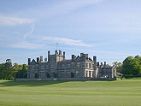
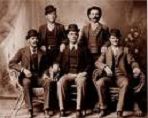





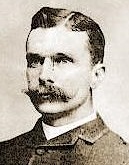






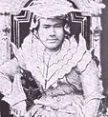













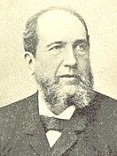
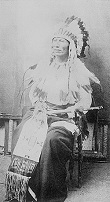







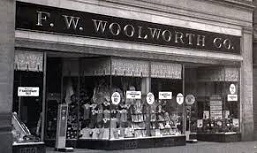


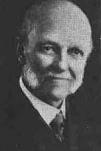

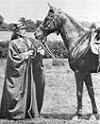


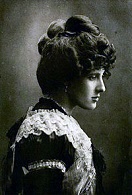


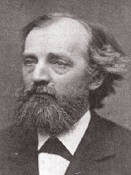

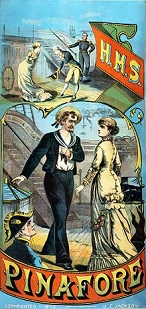






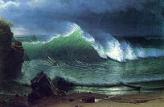


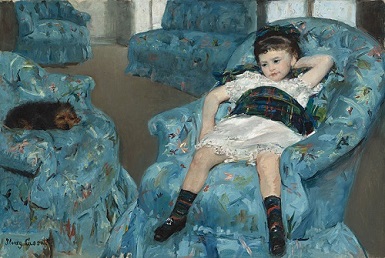
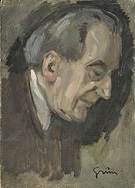
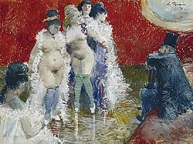

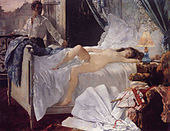
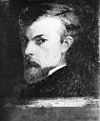




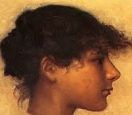
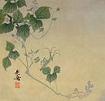
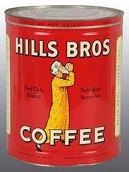

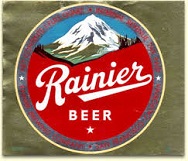
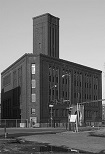

1878 The Gilded Age begins in the U.S. (ends 1889). There is a yellow fever epidemic (Safron Scourge of 1878) in the Lower Miss. River Valley from St. Louis, Mo. S to New Orleans, La., Vicksburg, Miss., and Memphis, Tenn., which loses 5K, depopulating it and causing it to lose its charter, after which it is not reorganized for 14 years; a total of 3,227 are killed and thousands flee, turning Beechland (near Vicksburg), Miss. into a ghost town. The Balk Balk Balkans start pull pull pulling the entire civilized world down the toilet of world war by destabilizing the comfy old Ottoman Empire? On Jan. 5-9 the Fourth (last) Battle of Shipka Pass is a crushing V for the Russkies over the Turks, who appeal for an armistice, while Russian troops take Adrianople and close in on Constantinople, defeating the Turks again on Jan. 17 at the Battle of Plovdiv (Philippopolis); too bad, just as they are closing in, on Jan. 31 a British fleet arrives at the sultan's request in Constantinople amid "jingoist war fever" in Britain, and on Mar. 3 the 1877-8 Russo-Turkish War (begun Apr. 24, 1877) ends with the Peace Treaty of San Stefano (Stephano), which enlarges Bulgaria and gives it autonomy and a territory stretching from the Black Sea to the Aegean Sea under nominal Turkish control, but really puts it under the Russian sphere of influence (incl. a large part of Macedonia), makes Montenegro, Romania, and Serbia independent (until 1918), and secures admin. reforms for Bosnia and Herzegovina under Russian-Austrian supervision; stick-it-with-a-form Turkey is left with only a small strip of territory in Europe, plus a huge indemnity to pay, alarming Britain at Russia's ambitions and causing it to demand that any treaty between Russia and Turkey which alters the treaties of 1856 and 1871 should be with their consent; when Russia refuses, Britain increases armaments and prepares for war, causing Russia to back down and enter the Congress of Berlin (June 13-July 13) to revise the Treaty of San Stefano; on June 4 the Turks cede Cyprus to Britain in return for guarantees of the integrity of Turkey's Asiatic dominions; as they debate how to carve up the Balkans, Bismarck utters the soundbyte that no one had asked the locals involved their opinion; on July 13 the Treaty of Berlin reduces Bulgaria in size and cuts it up into three parts, an autonomous principality N of the Balkans, the semi-autonomous province of Eastern Rumelia S of the Balkans, and Macedonia, which is restored to Turkey; Bosnia and Herzegovina are placed under the admin. control of Austria alone, while remaining nominally parts of Turkey; the Three Emperors' League is disbanded; Britain recommends that Turkey give Greece a more northerly border, and it refuses, pissing-off the Greeks and causing them to declare war; the Ottoman Empire loses 210K sq. km territory (40%) and 5.5M pop. (20%); back home "Dizzy" Disraeli scores a diplomatic triumph, "peace with honour", even though the independent Balkan states fume at the return of Christian-Slav-filled Macedonia to the Muslim Turks, and the Orthodox Serbs in Bosnia and Herzogovina never get along with the Roman Catholic Austrians; Sultan Abdul Hamid II, looking for a way comes up with pan-Islamism to rally the faithful behind him, and assumes the title of caliph - is there an international Jewish Zionist conspiracy running Britain by controlling the press and finances and using it to weaken the Ottomans and permit Jewish resettlement of Israel, while the dumb Muslims who ain't that dumb begin to unite against them, causing the Jews to work to keep them at each other's throats to neutralize them? On Jan. 9 Italian king #1 (since 1861) Victor Emmanuel II (b. 1820) dies, and his son Umberto (Humbert) I (1844-1900) becomes king #2 of Italy, becoming noted for his tranquil and popular reign (until 1896). On Jan. 16 Samoan chiefs sign a Treaty of Friendship and Commerce with the U.S., securing the harbor of Pago Pago as a coaling and naval station, pissing-off Britain and Germany - another large bucket, ten dollars? On June 18 the U.S. Posse Comitatus Act is signed by Pres. Hayes, forbidding the U.S. Army from being used for law enforcement; in 1956 the USAF is added; it does not apply to the nat. guard or U.S. Coast Guard - except when it suits their purposes? On Jan. 28 the first commercial telephone exchange opens in New Haven, Conn. in the Boardman Bldg. On Jan. 31 steamship Metropolis sinks off the coast of N.C. below Whaleshead (Currituck) Light, killing all 102 aboard, causing year-round beach control by the U.S. Coast Guard. In Jan. the 70-ft.-long. 200-ton Egyptian obelisk Cleopatra's Needle (built in Heliopolis in -1460) is towed by the steamship Anglia up the Thames River to cheering crowds after being moved from Alexandria, Egypt at a cost of $75K in the specially designed cigar-shaped 93-ft.-long container ship Cleopatra (built around the needle in Alexandria), towed by the steamship Olga; it almost sunk in the Bay of Biscay, causing six seamen from the Olga to die trying to rescue the crew, and after the Cleopatra was spotted floating off N Spain, it was towed to the port of El Ferrol; in Sept. it is winched into position on the Thames River Embankment to commemorate Britain's glorious Vs over Napoleon 63 years earlier - you had to be there? On Feb. 7 Pope (since 1846) Pius IX (b. 1792) dies, becoming the longest-reigning pope (31.6 years) (until ?), and on Feb. 20 Cardinal Count Gioacchino Vincenzo Pecci is elected Pope (#256) Leo XIII (1810-1903), going on to end the practice of castrating boys for the papal choir - he likes to swallow? On Feb. 16 the silver dollar becomes U.S. tender; too bad, since the early 20th cent. Americans prefer the $1 bill. On Feb. 18 after organized crime boss Lawrence Murphy (1831-78) tries to oust new English-born dry goods store owner John Henry Tunstall (1853-78), the latter is murdered by a sheriff's posse, launching the Lincoln County War in N.M., with Tunstall's cowhands forming the Regulators, incl. Billy the Kid (William F. Bonney) (1859-81) to avenge him; on July 19 they are trapped in a house by U.S. Army troops, who set it on fire, causing a night breakout, with three incl. the Kid escaping and becoming fugitives; on Oct. 1 novelist Lew Wallace becomes gov. of N.M., proclaiming an amnesty for all those involved; too bad, when the Kid surrenders, he is told he will be charged for killing Sheriff William J. Brady (1829-78) on Apr. 1 in an ambush, after which he escapes, trying to hit up cattle baron John Simpson Chisum (1824-84) for $500, and when he refuses he steals his cattle and becomes a rustler with a new gang, causing Chisum to get Patrick Floyd "Pat" Garrett (1850-1908) elected sheriff of Lincoln County in 1880, who wipes them out one by one. On Feb. 22 Rodman, N.Y.-born Frank Winfield "F.W." Woolworth (1852-1919) opens his first five-cent store in Utica, N.Y.; it folds, and in June he opens another in Lancaster, Penn. which prospers, then on July 18, 1979 he changes it to a five-and-dime store, expands nationwide and worldwide, and incorporates as F.W. Woolworth Co. in 1912, with 496 stores in the U.S. and Canada and a market capitalization of $30M; on Nov. 11, 1911 ground is broken for the F.W. Wooloworth Bldg., tallest bldg. in the world (finished 1913); too bad, its lunch counters are segregated in 1960?; the co. goes defunct in July 1997. On Feb. 23 the U.S. Bland-Allison Act (Grand Bland Plan of 1878) passes over Pres. Hayes' veto, requiring the U.S. Treasury to buy a set amount of silver and put it into circulation as silver dollars; since the silver content of the new silver dollars are worth less than a dollar, they begin disappearing from circulation as the wise use them for paying their taxes. On Mar. 13 British radical George Jacob Holyoake (1817-1906) pub. a letter in the Daily News which coins the term "jingoism" based on a song by G.W. Hunt and G.H. MacDermott sung in British pubs during the Russo-Turkish War of 1877-8: "We don't want to fight but by Jingo if we do/ We've got the ships, we've got the men, we've got the money too/ We've fought the Bear before, and while we're Britons true/ The Russians shall not have Constantinople." On Mar. 20 Jewish babe Hannah de Rothschild (1851-90), daughter of Mayer de Rothschild and richest woman in England marries handsome educated up-and-coming blonde Anglo-Saxon blueblood Archibald Philip Primrose, 5th Earl of Rosebery (1847-1929), becoming the biggest social event of the year in Britain, making people face their anti-Semitism as one of the fairest of the Christian Anglo-Saxons begins fathering half-Jewish upper-class breeders and launching them into society from her fabulous mansion Mentmore Towers in Buckinghamshire (built 1852-4) and his fabulous Scottish mansion Dalmeny House (built 1817) on the Firth of Forth; too bad, the Jewish side of her family stands the marriage up, but Disraeli and the Prince of Wales make it a smash; she goes on to become his driving force in politics as an anti-Socialist Liberal Imperialist, helping him rise in Gladstone's Liberal Party with her genuine Jewish money. On Mar. 24 British training frigate Eurydice sinks off the Isle of Wight, killing 300. In Mar. NASA records show this as the hottest month on record (until ?). On Apr. 22 (Easter Mon.) after Congress outlaws the popular practice of Easter egg rolling on the grounds of the U.S. Capitol as too messy, Pres. Rutherford B. Hayes and his wife "Lemonade" Lucy (who bans alcohol and cigar smoking in the White House, but permits alcohol at an 1877 reception for the grand duke of Russia) host the first White House Easter Egg Roll on the White House lawn. On May 1-Nov. 10 the the Exposition Universelle in Paris is visited by 13M. On May 3 the $82M Colo. Silver Boom begins with a strike at Little Pittsburg Mine in Leadville, and lucky Vt.-born Denver, Colo. merchant Horace Austin Warner "Haw" Tabor (1830-99), who had grubstaked its two miners August Riche and George Hook with $17 worth of supplies in return for a one-third share in their future earnings, sells out next year for $1M in cash, using $117K of it to buy the profitable Matchless Mine, becoming a Colo. celeb known as "Silver Dollar Tabor" and "Bonanza King of Leadville", getting elected as Colo. Lt. gov. in 1878-84; too bad, the 1893 repeal of the U.S. Sherman Silver Purchase Act ruins him, but he lucks out with a job as postmaster from Jan. 4, 1898 until he croaks. On July 2 the Crabbet Arabian Stud is established in England when poet-writer Wilfred (Wilfrid) Scawen Blunt (1840-1922) and his wife Lady Anne Blunt (daughter of Ada King, Countess Lovelace, and maternal granddaughter of Lord Byron) bring them from Aleppo, Syria to their Crabbet Park estate in Sussex, later buying more studs from Egyptian breeder Ali Pasha Sherif (-1897) after horse sickness kill thousands in the late 1870s and only the ones he had moved to upper Egypt were saved; their daughter Judith Anne Dorothea Blunt-Lytton, 16th Baroness Wentworth (1873-1957) inherits the horses and became an authority. On July 19 after robbing $60K in gold from the Union Pacific Railroad in Big Springs, Neb. last year (largest single robbery of the Union Pacific until ?), and being betrayed to the Texas Rangers led by Capt. Junius Peak, the Sam Bass Gang is cornered in Round Rock, Tex., and Mitchell, Ind.-born leader Samuel "Sam" Bass (b. 1851) is fatally wounded, dying on July 21, but wounded member Frank "Blockey" Jackson (1856-1930) vanishes and is never apprehended, creating a legend. On July 22 the Spanish-Sulu War (begun 1876) ends with a V for Spain, which establishes suzerainty but never manages admin. control; Sulu's possessions in North Borneo are leased to Britain; Spanish Col. Juan Arolas coins the term "Ajuramentado". On July 29 America's First Great Eclipse is visible in NW Asia, Alaska, W Canada, and Mont. through Tex. in the U.S.; it is observed by author Steve Ruskin from the top of Pikes Peak in Colo., becoming the last time Colo. is in the direct path of a solar eclipse (until ?); the next solar eclipse visible from coast to coast in the U.S. is in 1918. In July German-born Jewish educator Maximilian Berlitz (1852-1921) founds Berlitz Language Schools in Providence, R.I., based on total immersion teaching, going on to expand to 500+ locations in 70+ countries. On Aug. 21 the Am. Bar Assoc. (ABA) is founded in Sarasota, N.Y., with 75 members. In Aug. Nubar Pasha (1825-99) becomes PM #1 of Egypt (until Feb. 23, 1879, then Jan. 10, 1884-June 9, 1888, and Apr. 16, 1894-Nov. 12, 1895). On Sept. 1 in Boston, Mass. Emma Nutt becomes the first female telephone operator - I'm a nut? On Sept. 3 British passenger paddle steamer SS Princess Alice collides with collier Bywell Castle off Tripcock Point on the Thames River, killing 650, becoming the greatest Thames shipping disaster (until ?). On Sept. 10 after being ordered to move to Ft. Reno in WC Okla. to be with the Southern Cheyenne while suffering from starvation and measles, the Northern Cheyenne Exodus (ends Apr. 1879) begins as they flee up the North Canadian River in Okla., crossing the Cimarron River before stopping at St. Jacob's Well in Clark County, Kan. before being attacked on Sept. 27 by 238 U.S. infantry and cavalry under Lt. Col. William H. Lewis, who avoid an ambush at Turkey Springs but see Lewis bleed to death from a shot in the leg, while the Cheyenne lose 60 horses and their food and baggage, going out foraging for supplies and capturing 80 cattle on Sept. 30-Oct. 3 while engaging in a running battle across Kan. and Neb. with 10K soldiers and 3K settlers before splitting into two groups after six weeks; on Oct. 23 the 150-member band of Dull Knife (Morning Star) (1810-83) surrenders, reaching Ft. Robinson in NW Neb. on Oct. 25, only to be starved and deprived of wood ordered on Jan. 3, 1879 to return to the Southern Cheyenne Rez, causing them to attempt an escape on Jan. 9, resulting in the Ft. Robinson Massacre of the last 32 escapees on Jan. 22 by 150 soldiers, after which the remaining Cheyenne in Pine Ridge incl. Dull Knife and Red Cloud are permitted to move to Ft. Keogh in SE Mont. on the S bank of the Yellowstone River; meanwhile the other band led by Little Wolf (Coyote) (1820-1904) make it to the Sand Hills of Neb., enjoying plentiful game until they are discovered by troops from Ft. Keogh, who get them to surrender and become Army scouts; in 1884 the 440K-acre Northern Cheyenne Indian Rez is founded in SE Mont. On Oct. 1 Burmese king (since 1853) Mindon Min (b. 1808) dies, and after he massacres all his rivals, his Buddhist monk son Thibaw Min (1859-1916) becomes the last Konbaung Dynasty king of Burma (until Nov. 29, 1885). On Oct. 15 Thomas Edison founds the Edison Electric Light Co. In Oct. the Halepa Pact provides for a nat. assembly in Ottoman-controlled Crete with a Christian majority. On Nov. 2 after Afghanistan accepts a Russian diplomatic mission led by Maj. Gen. Stoletov, the antsy British demand the acceptance of a resident British adviser; after Afghan ruler Shir Ali ignores the ultimatum, the Second Anglo-Afghan War begins (ends 1880); in Nov. the British invade Afghanistan, and force the Khyber Pass, then force Ali into exile in Russian territory after naming his son Mohammed (Muhammad) Yaqub Khan (1849-1923) as regent. On Nov. 13 Natchez, Miss.-born coloratura soprano Marie Selika Williams (1849-1937) becomes the first African-Am. artist to perform in the White House (Green Room) for Pres. Rutherford B. Hayes and First Lady Lucy Webb Hayes. On Nov. 27 Candido (Cándido) (Sp. "white") Bareiro Caballero (1833-80) is elected pres. of Paraguay (until Sept. 4, 1880), getting U.S. pres. Rutherford B. Hayes to support the country's claim to the Chaco, setting up an arbitration that hands Paraguay 60% of its land, after which Hayes becomes a big hero in Paraguay, with a province, a town, a museum, and a soccer team eventually named for him. In Nov. the Nat. Greenback Party gets 14 U.S. congressmen elected. On Dec. 10 The Truth Seeker ed. D.M. Bennett is arrested by U.S. postal inspector Anthony Comtock for mailing the free love pamphlet Cupid's Yokes: or, The Binding Forces of Conjugal Life: An Essay to Consider Some Moral and Physiological Phases of Love and Marriage, Wherein is Asserted the Natural Right and Necessity of Sexual Self-Government under the 1873 U.S. Comstock Act, after his highly publicized trial he served 13 mo. in Albany Penitentiary, which ruins his health; meanwhile a campaign to get Pres. Hayes to pardon him fizzles after he pardons the pamphlet's author Ezra Hervey Heywood (1829-93) (who was arrested last Nov. 3 for mailing the pamphlet) instead, who on July 2 decides to begin calling the year 1873 "Y.L. (Year of Love) 1", and years before that "B.L." On Dec. 18 French steamship Byzantin collides with British steamship Rinaldo in the Dardanelles and sinks, killing 210. An attempt is made on the life of German Kaiser Wilhelm I; Bismarck's Kulturkampf begins to gradually fade away, and his Anti-Socialist Law causes another mass emigration from Germany to the U.S. Gen. Charles George "Chinese" Gordon appoints Emin Pasha (1840-92) (birth name Eduard Schnitzer, a German surgeon who converted to Islam in 1865 and joined the Turkish army) as gov. of Sudan's equatorial province. In Britain the 65-folio-page Factory and Workshop Act codifies the legislation with regard to the hours and conditions of British labor. John Alexander Macdonald becomes PM of Canada again (#1 and #3) (until 1892). The Irredentists in Italy begin agitating to obtain Trieste and South Tirol from Austria. The Greeks declare war on Turkey, but before major hostilities begin the great Euro powers intervene and tell Turkey to give Thessaly and part of Epirus to Greece to shut them up, but Turkey later reneges at giving all of it up, pissing-off the Greeks yet again. Rrebel leader Calixto Garcia Iniguez is released, returns to Cuba and resumes the Ten Years' War, then is captured again and taken back to Spain (until 1895), ending the Ten Years' War (begun 1868). The Commission for Refugees is established by the Ottoman govt. to deal with 1.5M-2M Muslim refugees from the Balkans that began arriving in 1876, followed in 1881-1914 by 500K Circassians from the Caucasus, plus thousands more from Crete in 1897. A constitutional amendment giving women the right to vote in all elections is introduced in the U.S. Congress by Repubs., and is regularly defeated through 1915 mainly because of opposition by Dems. After her hubby (since 1860) William Weldon (1837-1919) begins hooking up with mistress Annie Stanley Dobson Lowe (1843-) in 1863 and she takes up spiritualism and allegedly hooks up with Charles Gonoud, famous English amateur soprano Mrs. Georgina Weldon (1837-1914) is attempted to be committed to a lunatic asylum run by famous English psychiatrist Lyttleton Stewart Forbes Winslow (1844-1913), and she fights back by filing numerous libel cases, becoming one of the most notorious court cases of the cent. The town of Berkeley, Calif. on the E shore of San Francisco Bay is founded, named after Anglican bishop George Berkeley (1685-1753). The Norwegian city of Christiania (founded 1624) is extended to the site of the old Oslo and incorporated as Kristiania (until 1925). Bishkek S of the Ala-Too Mts. in Kyrgyzstan is founded as the Russian fortress of Pishpek. Petah Tikva (Heb. "Opening of Hope") (from Hosea 2:17) (modern-day pop. 194K) in the Anchor Valley near Jericho in C Israel is founded as the first modern Jewish agricultural settlement in Ottoman-controlled Palestine; too bad, the sultan kicks them out, and they resettle near the source of the Yarkon River in the middle of a malarial swamp 7 mi. E of Tel Aviv, which forces them out until 1883 after Baron Edmond de Rothschild pays to drain it; the first Arab attack on Jews in Palestine occurs here in 1886, followed by Arab rioting in May 1921. The Tokyo Stock Exchange in Japan is founded. Roman Catholic Duquesne U. (originally Pittsburgh Catholic College of the Holy Ghost) in Pittsburgh, Penn. is founded in Oct.; is founded it becomes the first Roman Catholic univ. in Penn. The English journal Brain is founded by Sir John Charles Bucknill et al. German historian Heinrich Gotthard von Treitschke (1834-96) founds the German white racist anti-Semite movement. Berlin court preacher Adolf Stocker (Stöcker) (1835-1909) founds Christlich-Soziale Arbeiterpartei. "General" William Bramell Booth (1829-1912) founds the Salvation Army, known in 1865 as the Christian Revival Assoc. (Mission), and before that as the East London Revival Society. U.S. Gen. John Pope (1822-92) (loser of 2nd Bull Run in 1862) delivers an Address about the Indian Question to the Social Science Assoc. in Cincinnati, Ohio. Prince Peter Kropotkin (1842-1921), who left a Siberian Cossack regiment in 1867 to work for the Russian Geographic Society in St. Petersburg, became an anarchist, ended up in prison from 1874-6, then moved to Switzerland via London, finally gets a job, becomiing ed. of Le Revolte, official organ of the Jurassic Federation (until 1881). Hungarian Jewish immigrant Joseph "Joey the German/Jew" Pulitzer (1847-1911), who arrived in Boston, Mass. in 1864 and joined the Lincoln Cavalry, riding with Gen. William Tecumseh Sherman, becoming a naturalized U.S. citizen on Mar. 6, 1867 then started in 1868 as a reporter on the Westliche Post in St. Louis, Mo., joining the Repub. Party in 1869 and becoming a Mo. state rep. on Jan. 5, 1870 before switching to the Dem. Party in 1872 buys the St. Louis Evening Dispatch and St. Louis Evening Post, merging them into the St. Louis Post-Dispatch, its initial ed. of 4,020 4-page copies appearing on Dec. 12, turning it into the first modern newspaper to focus on scandals, pioneering yellow journalism; after acquiring the New York World in 1883, he has a breakdown from overwork in 1887 and goes blind, but just hops onto cruise ships and continues supervising his empire; on Apr. 10, 1907 he pub. the paper's platform: "I know that my retirement will make no difference in its cardinal principles, that it will always fight for progress and reform, never tolerate injustice or corruption, always fight demagogues of all parties, never belong to any party, always oppose privileged classes and public plunderers, never lack sympathy with the poor, always remain devoted to the public welfare, never be satisfied with merely printing news, always be drastically independent, never be afraid to attack wrong, whether by predatory plutocracy or predatory poverty." Jesuit Creighton College in Omaha, Neb. is founded. The first Sicilian immigrants arrive in East Harlem, Lower East Side, N.Y., followed by more Sicilians and Italians, becoming known as Italian Harlem, reaching 100K pop. in the 1930s, becoming the start of Lower Italy in Lower Manhattan, bounded by Soho and Tribeca on the W, Chinatown on the S, Nolita on the N, and Lower East Side and the Bowery on the E, reaching 10K pop. by 1910; Italian Harlem becomes home to Mafia gangs incl. the Black Hand and the Genovese crime family; after WWI the W side of East Harlem becomes known as Spanish Harlem for its Puerto Rican and Latin Am. immigrants, who push the Italians out of all of Italian Harlem by the 1970s, renaming it El Barrio. Shiites and Sunnis in Doshipura, Varanasi, India begin a court fight over a graveyard, which becomes the world's longest litigation, not settled until ? U.S. Gen. William Tecumseh Sherman builds a fort on the future site of Coeur d'Alene (Fr. "heart of an awl"), Idaho on the N shore of 25-mi.-long Lake Coeur d'Alene 30 mi. E of Spokane, Wash. (modern-day pop. 50K/679K), attracting miners and settlers after gold, silver, and lead are discovered in 1883. P.T. Barnum's secy. Julius Gorham purchases Villa Park in W Denver, Colo., and his daughter Helen manages it with her TB-stricken husband William Buchtel, and since it's on the wrong side of the tracks and the elite fail to move in, it goes middle class and is incorporated in 1887 as the town of Barnum, then annexed by Denver in 1896; Denver Mile High Stadium is later built 1 mi. to the N. Marian Evans (George Eliot) (d. 1880) loses her constant companion and adviser Mr. Lewes. Novelist Bret Harte (1836-1902), having moved to New York City to write for the Atlantic Monthly, and squandered his fortune, is appointed U.S. consul at Crefeld, Prussia, transferring to Glasgow, Scotland in 1880-5, then becoming a hack writer in London. After experiencing financial difficulties, French painter Claude Monet moves his family to Vetheuil (until 1883), moving in with Ernest Hoschede's family then cranking out paintings of his garden. Edward Wyllis Scripps (1854-1926) founds the "Penny Press" in Cleveland, Ohio, which later becomes the "Cleveland Press", launching the E.W. Scripps Co. media empire by lending money to new newspapers in return for 51% of the stock. Mannlicher of Germany begins manufacturing a repeating rifle. English-born mathematician James Joseph Sylvester (1814-97) of John Hopkins U. founds the Am. Journal of Mathematics. After seeing them at the 1876 Philadelphia Exposition, Boston, Mass.-born U.S. Civil War vet Albert Augustus Pope (1843-1909) begins importing European Penny Farthings and manufacturing the first bicycles in the U.S. Cocaine is introduced from coca plants in the Andes into the U.S. as a treatment for morphine addiction. The U.S. Mint in New Orleans, La. begins striking Morgan Silver Dollars (until 1904); too bad, in 1918 the U.S. govt. melts almost half of the mintage, making it into a big collector's item. The word "bug" is first used to describe a defect by Thomas Edison in a letter, with the soundbyte: "It has been just so in all of my inventions. The first step is an intuition, and comes with a burst, then difficulties arise - this thing gives out and [it is] then that "Bugs" - as such little faults and difficulties are called - show themselves and months of intense watching, study and labor are requisite before commercial success or failure is certainly reached." The Silver Street Free Kindergarten, first free kindergarten in San Francisco, Calif. is founded by Philly-born Kate Douglas Wiggin (1856-1923), who in 1903 pub. the novel "Rebecca of Sunnybrook Farm". The first crematorium in Europe is built in Gotha, Germany. Trading cards and coupons begin to be widely used in cigarette packs. Hills Brothers Coffee (originally Arabian Coffee and Spice Mills) is founded in San Francisco, Calif. by the three sons of clipper shipbuilder Austin Hills (1823-1905), incl. Austin Herbert Mills (1851-1933), Earnest Hills, and Reuben Wilmarth Hills I (1856-1934); in 1900 they begin selling their roasted coffee in vacuum-sealed cans, incorporating in 1906, and moving to a Romanesque-revival bldg. on the Emarcadero designed by George W. Kelham in 1926; in 1906 they begin using a logo of an Arab named Taster drinking coffee, which in 1990 is replaced by the original founders; during WWII they replace the cans with glass jars; in 1984 they acquire Chase & Sanborn; in 1985 the brand is acquired by Nestle, who sells it to Sara Lee in 1999, which sells it in 2006 to Massimo Zanetti Beverage USA. Genesee Brewing Co. is founded on the Genesee River in Rochester, N.Y. from the acquisition of Reisky & Spies (founded 1857); in 1960 it introduces Genesee Cream Ale, which wins two straight gold medals at the Great Am. Beer Festival; in Dec. 1984 it acquires the Fred Koch Brewery from Vaux Breweries of Sunderland, England, reaching 3.2M barrels/year; in 2000-9 it is renamed the High Falls Brewing Co.; in 2009 it is acquired by KPS Capital, which merges with Labatt USA to form North Am. Breweries, which in Oct. 2012 is acquired by Cerveceria Costa Rica S.A., becoming the 6th largest brewing co. in the U.S. Rainier Brewing Co. (originally the Washington Brewery, then Seattle Brewery in 1872)) (Seattle's first commercial brewing co.) is founded in Seattle, Wash. by A.B. Rabbeson to produce Rainier brand beer; in 1916 Wash. enacts prohibition, causing them to move to San Francisco, Calif., only to close in 1920 when nat. Prohibition is enacted; after Prohibition ends, the co. is acquired by Fritz Slick and Emil Slick of Lethbridge, Alberta, Canada, and production of Rainier beer is resumed in 1935 at a site that ends up being crossed by interstate highway I-5, making it a city landmark with its red neon R sign on top of the bldg.; in 1977 it is acquired by Heileman; in 1990 it wins a gold medal for best Am.-style lager at the Great Am. Beer Festival; in 1997 it is acquired by Stroh's, who sells it to Pabst, who closes it in 1999. The Peter Schoenhofen Brewing Co. is founded in the Pilsen neighborhood of Lower West Side, Chicago, Ill. by brewer Peter Schoenhofen, using a 1.6K-ft. deep artesian well for its water supply, and locating not in the city center but along the new railway lines, causing a boom, after which there are 60 breweries in Chicago by 1900 producing a total of 100M gal./year. Sports: The Bicycle Touring Club is founded in England. The Deutscher Fussballverein is founded in Hanover. Architecture: French architect Jean-Louis Charles Garnier (1825-98) designs the Monte Carlo Casino. Inventions: Wasserburg am Inn, Bavaria-born Lorenz Adalbert Enzinger (1849-97) of Worms, Germany patents a filtration device for beer, giving it clarity and longer shelf life; on Nov. 9, 1880 U.S. patent #519,513 is issued for a machine that dispenses beer with carbon dioxide rather than air, extending shelf life. Upper and lower case letters are added to the Sholes typewriter (invented 1867). The first Telephone Directory is issued by the District Telephone Co. of New Haven, Conn. on Feb. 21; it lists 50 names. German engineer Karl Benz (1844-1929) builds a motorized tricycle with a 2-cycle internal combustion engine and a top speed of 7 mph; he later develops a light 4-cycle engine and the differential drive. English chemist-physicist Sir William Crookes (1832-1919) invents the Cathode Ray (Crookes) Tube (CRT), which requires a vacuum of one twenty-thousandth of atmospheric pressure (0.03 mm Hg), and shows that the rays travel in straight lines that can be deflected by a magnet, then uses the beam to heat metals, turn a small wheel, and excite fluorescence - Star Trek coming right up? Stephen Dudley Field (1846-1913) of Stockbridge, Mass. invents an electric elevator. Internat. Standard Time (IST) is invented by Scottish-born Sir Sandford Fleming (1827-1915) of Canada. Williams College grad Granville Stanley Hall (1844-1924) receives the first Ph.D in a psychological subject from Harvard U. (in philosophy); in 1883 he opens the first experimental psychology research lab in the U.S. at John Hopkins U.; in 1887 he founds the Am. Journal of Psychology, and in 1892 becomes pres. #1 of the Am. Psychological Assoc. (APA), founded at Clark U. in Worcester, Mass. in July by 26 men with a $500 contribution by Robert Pearsall Smith of the Am. Society for Psychical Research. Welsh inventor David Edward Hughes (1831-1900) uses a "clockwork transmitter" to transmit and receive Morse code using radio waves; he also invents the carbon microphone. Litchfield, Conn.-born Frederick Eugene Ives (1856-1937), dir. since age 18 of the Cornell U. photo lab invents the Half-Tone Photoengraving Process, patenting it in 1881 - where's Currier? Sir Joseph Wilson Swann (1828-1914) of England, who invented the carbon-filment incandescent lamp in 1860 puts it in an all-glass hermetically sealed glass bulb, and patents it one year before Edison. Science: Iodoform is first used as an antiseptic. The Carrion (Corpse) Flower (Titan arum) is discovered in the rainforests of Sumatra, with the world's largest flower head, which generates a rotten flesh odor to attract carrion-eating beetles and flies. In 1871 Russian-born German mathematician Georg Cantor (1845-1918) proposes the Continuum Hypothesis, that there is no set whose cardinality is strictly between that of the integers and that of the real numbers, which his teacher Leopold Kronecker vehemently opposes, causing him to spend the rest of his life vainly trying to prove it, driving him insane. Swiss chemists Marc Delafotaine (1837-1911) and Jacques-Louis Soret (1827-90) discover rare-earth element Holmium (Ho) (#67) (43rd most abundant element in the Earth's crust) in the spectrum of gadolinite; in 1879 Swedish chemist Per Teodor Cleve (1840-1905) chemically separates it from thulium and erbium - so rare it would take a Holmes to find it? Felix Hoffman rediscovers aspirin after 41 years of research. Swiss chemist Jean Charles Galissard de Marignac (1817-94) isolates soft silver metallic rare earth element Ytterbium (Yb) (#70) from pure erbia, and names it after Ytterby, the Swedish town where he found it. Nonfiction: A.W. Ambros, Geschichte der Musik (1862-78). Paul Bert (1833-86), La Pressions Barometrique (Barométrique); describes and diagnoses Decompression Sickness after discovering that decompression bubbles are mostly nitrogen. W.L. Blackley (1836-1902), National Insurance in the Nineteenth Century; a British churchman proposes a scheme for old-age pensions. Rev. William Eugene Blackstone (1841-1935), Jesus Is Coming; internat. Christian bestseller. Oscar Browning (1837-1923), Modern England, 1820-1874. Sir John Charles Bucknill (1817-97), Habitual Drunkenness and Insane Drunkards. Samuel Butler (1835-1902), Life and Habit; study in Darwinism. Moncure D. Conway (1832-1907), Demonology and Devil Lore (2 vols.). Thomas McIntyre Cooley (1824-98), A Treatise on the Law of Torts or the Wrongs Which Arise Independently of Contract; becomes a std. textbook. Andrew Jackson Davis (1826-1910), Views of Our Heavenly Home. William Henry Draper (1811-82), Scientific Memoirs. Urbain Dubois (1818-1901), Nouvelle Cuisine bourgeoise pour la ville et pour la campagne. Elisha Gray (1835-1901), Experimental Researches in Electro-Harmonic Telegraphy and Telephony. Sir George Grove (1820-1900), Dictionary of Music and Musicians (1878-89); by the ed. of Macmillan's Mag.; becomes a std. reference; a rev. ed. "New Grove" is pub. in 1980. William Stanley Jevons (1835-82), Commercial Crises and Sunspots; finds a correlation. Fanny Kemble (1809-93), Records of a Girlhood. Stanley Lane-Poole (1854-1931), The People of Turkey. W.E.H. Lecky (1838-1903), History of England in the Eighteenth Century (8 vols.) (1878-90); devotes half of his space to Irish affairs. Bon Louis Henri Martin (1810-83), History of France from 1789 to the Present Time (Histoire de France Depuis 1789 Jusqu'a Nos Jous) (6 vols.) (1878-83); finishes his asterpiece on French history, becoming the definitive one of the 19th cent.; too bad, he relies on romanticized descriptions of the Gauls, and his knowledge of the Middle Ages is inadequate, causing his magnum opus to be superseded. William Morris (1834-96), The Decorative Arts. Eadweard Muybridge (1830-1904), The Horse in Motion. John Henry Newman (1801-90), Essay on the Development of Christian Doctrine; tries to explain and excuse the absorption of pagan doctrines, rituals, and symbols by the Roman Catholic Church by "the power of Christianity to resist the infection of evil, and to transmute the very instruments and appendages of demon worship to an evangelical use" - is that like upgrading from analog to digital? Friedrich Wilhelm Nietzsche (1844-1900), Human, All Too Human: A Book for Free Spirits (Menschliches-Allzu Menschliches) (2 vols.) (1878-80); dedicated to the 100th anniv. of the death of Voltaire on May 30, 1778 - raising the bar? William O'Brien (1852-1928), Christmas in the Galtees (Freeman's Journal); describes the "shock horror" conditions in which the Irish are forced to live by the English, based on the tenants of the Buckley Estate on the S slopes of the Galtee Mts., writing the book after being acquitted of a libel action brought by the land agent Patten Bridge; "The Widow Condon spent Christmas night, having begged a meal of bread and tea from her neighbours as her Christmas dinner. Her holding is one swampy field upon which the rent has been raised from 2/6 to 25/-. She spent 30/- for manure and 10/- for labour in an attempt to grow a quarter of an acre of potatoes, but it produced not a stone... She hasn't a cow, sheep or even a hen... As I drove away this evening to Cahir, past Lord Lismore's ample demesne, past the rich expanses of luxuriant grass and deep corn... it was hard to think that I still breathed the air of the same county." Charles Sanders Peirce (1839-1914), How to Make Our Ideas Clear; introduces the philosophy of Pragmatism, which bases the validity, importance, significance, and truth of an object or concept solely on its use or application; based on an article in the Jan. 1878 issue of "Popular Science Monthly" - it's no use? Raoul Pictet (1846-1929), Mémoire sur la liquefaction de l'oxygène, la liquefaction et la solidification de l'hydrogène: et sur les théories des changement des corps (Memoir of the liquefaction of oxygen and hydrogen, and theories about their changes of state). Walter Herries Pollock (1850-1926), The Modern French Theatre. Ernest Renan (1823-92), Caliban; analysis of William Shakespeare's "A Midsummer Night's Dream"; Caliban represents democracy, Prospero autocracy, and Ariel the religious establishment, which flourishes in the service of Prospero under the govt. of the many-headed brute Caliban. George John Romanes (1848-94), A Candid Examination of Theism. Philip Schaff (1819-93), Through Bible Lands: Notes of Travel in Egypt, the Desert, and Palestine. Sir John Robert Seeley (1834-95), Life and Times of Stein: Or, Germany and Prussia in the Napoleonic Age (3 vols.). Ainsworth Rand Spofford (1825-1908), American Almanac and Treasury of Facts (1878-89); compiled by a librarian with a lot of time on his hands. Henry Morton Stanley (1841-1904), Through the Dark Continent: The Sources of the Nile Around the Great Lakes of Equatorial Africa and Down the Livingstone River to the Atlantic Ocean (2 vols.); coins the term "dark continent" for Africa. Sir Leslie Stephen (1832-1904), Samuel Johnson. Eugene Emmanuel Viollet-le-Duc (1814-79), Histoire d'un Hotel de Ville et d'une Cathedrale. Julius Wellhausen (1844-1918), Prolegomena to the History of Israel, Vol. 1 (Prolegomena zur Geschichte Israels, Bd. 1) (2nd ed. 1883) (3rd ed. 1886) (5th ed. 1899) (English trans. 1883, 1891) (2nd vol. in 1894); advances the Graf-Wellhausen (Documentary) Hypothesis for the Torah, namely, that it is a compilation of independent works by the Jahwist (J), Elohist (E), Deuteronomist (D), and Priestly (P) sources, dating J to the Solomonic period (950 B.C.E.), E to the 9th cent. B.C.E., D just before the reign of King Josiah in the 7th-8th cent. B.C.E., and P to Ezra's day in the 5th cent. B.C.E., which becomes the std. for Bible scholars until the mid-1970s, which date J to the Baylonian captivity (597-539 B.C.E.) at the latest, and reject the E source, finding the D and P sources doubtful. Music: James Alan Bland (1854-1911), Carry Me Back to Old Virginny; becomes the Va. state song in 1940-97; a Victor recording by Alma Gluck in 1916 sells 1M copies. Johannes Brahms (1833-97), Concerto No. 2 for Piano and Orchestra (1878-81). Antonin Dvorak (1841-1904), The Peasant Rogue, Op. 35 (comic opera) (Jan. 27) (Czech Theatre, Prague); libretto by J.O. Vesely; story cloned from Figaro, about a prince who wants to seduce Betuska, who is in love with Jenik, after which the princess dresses up as Betuska to trap him; Slavonic Dances, Op. 46 (1st series) (2nd series 1886); incl. Slavonic Dance No. 1, Slavonic Dance No. 2 in E minor, Slavonic Dance No. 3, Slavonic Dance No. 4 in F major, Slavonic Dance No. 5 in A major, Slavonic Dance No. 6 in D major, Slavonic Dance No. 7. Sir William Schwenck Gilbert (1836-1911) and Sir Arthur Sullivan (1842-1900), H.M.S. Pinafore; or, The Lass That Loved A Sailor (comic operetta #4) (May 25) (Opera Comique, London) (571 perf.); their first big hit; Royal Navy Capt. Corcoran's daughter Josephine is in love with low class foremast hand Ralph Rackstraw, "smartest lad in all the fleet", while her daddy wants her to marry the incompetent first lord of the admiralty Sir Joseph Porter; features the songs He Is an Englishman, I Am the Monarch of the Sea. the debut of actress-singer Lillian Russell (1861-1922), who becomes the Anglo-Am. ideal of beauty for the rest of the cent. Charles Gounod (1818-93), Polyeucte (opera) (Oct. 7); Armenian noble Polyeucte and his wife Pauline and her ex-beau gen. Severe. Naphtali Herz Imber (1856-1909), Hatikvah (Heb. "The Hope"); the Jewish hope for return to Israel; becomes the Israeli nat. anthem. Bedrich Smetana (1824-84), The Secret (opera); Bezdez town councilor Malina refuses fellow councilor Kalina permission to marry his sister Roza for being too poor, and he marries another, who dies, while she fends off old fart soldier Bonifac; meanwhile friar Barnabas has a map to a secret treasure that makes Kalina rich enough to finally marry her, namely, her. Art: Alfred Bierstadt (1830-1902), Emerald Sea. Arnold Bocklin (1827-1901), Medusa. Charles-Francois Daubigny (1817-78), Return of the Flock - Moonlight. Mary Cassatt (1844-1926), Self-Portrait; Little Girl in a Blue Armchair. Luis Falero (1851-96), Vision of Faust; Witches on the Sabbath; The Enchantress. Jean-Louis Forain (1852-1931), Le Client o Maison Close. Henri Gervex (1852-1929), Rolla; based on a poem by Alfred de Musset; a naked ho stretches in bed after servicing a client; rejected by the Salon de Paris for immortality, making it more popular? George Inness (1825-94), Autumn Oaks. Jozef Israels (1824-1911), We Grow Old. Jule Joseph Lefebvre (1836-1911), Mignon; Graziella. Frederick Leighton (1830-96), Nausicaa. Jean-Louis Meissonier (1815-91), Cuirassiers of 1805; Moireau and His Staff before Hohenlinden; Road to La Salice; Portrait of a Lady; The Outpost of the Grand Guard; The Two Friends; A Scout; Dictating His Memoirs. Mihaly Munkacsy (1844-1900), The Blind Milton Dictating Paradise Lost To His Daughters. Odilon Redon (1840-1916), To Edgar Poe: The Eye Balloon (The Eye, Like a Strange Balloon, Mounts Toward Infinity. Felicien Rops (1833-98), Pornocrates. John Singer Sargent (1856-1925), Head of Anacapri Girl; his favorite model Rosina Ferrara (1861-1934) of Ancapri, Capri. Hamo Thornycroft (1850-1925), Lot's Wife (statue). Shibata Zeshin, Praying Mantis on Vine. Plays: Sir Francis Burnand (1836-1917), Proof; Our Club. Bronson Crocker Howard (1842-1908), The Banker's Daughter (romance); proves popular enough to convince him to go full-time as a playwright; Old Love Letters. Maurus Jokai (1825-1904), Milton. Catulle Mendes (1841-1909), Le Capitaine Fracasse; based on the novel by Theophile Gautiers. Poetry: Robert Browning (1812-89), The Agamemnon of Aeschylus. Giosue Carducci (1835-1907), Odi Barbare (1877-89). Henry Austin Dobson (1840-1921), Proverbs in Porcelain likes to use French verse forms (rondeau, triolet, ballade) in English. Emanuel von Geibel (1815-84), Spatherbstblatter. Olindo Guerrini (1845-1916), Postuma; pub. under alias Argia Sbolenfi; criticized for obscenity. Victor Hugo (1802-85), L'Art d'Etre Grandpere. Lewis Morris (1833-1907), The Epic of Hades. Jan Neruda (1834-91), Cosmic Songs; Ballads and Romances (1878-83). Joaquin Miller (1837-1913), Songs of Italy. George Moore (1852-1933), Flowers of Passion; written in Paris. Coventry Patmore (1823-96), The Unknown Eros. Jean Richepin (1849-1926), Les Caresses. Algernon Charles Swinburne (1837-1909), Poems and Ballads, 2nd ed.; tones down the 1866 first ed. Bayard Taylor (1825-78), Prince Deukalion: A Lyrical Drama (Boston). Novels: William Harrison Ainsworth (1805-82), An Open Verdict. Louis May Alcott (1832-88), Under the Lilacs; children's novel about Bab, Betty, circus runaway Ben Brown, his dog Sancho, neighbor Miss Celia and her brother Thornton. Sarah Bernhardt (1844-1923), In the Clouds; her only novel, based on a hot-air balloon trip in 1877 with balloonist Louis Godard and French painter Georges Clarin; she calls herself Doña Sol. Walter Besant (1836-1901) and James Rice (1843-82), Celia's Arbour: A Tale of Portsmouth Town (3 vols.); The Monks of Thelema (3 vols.). Mary Elizabeth Braddon (1837-1915), An Open Verdict. Bankim Chandra Chatterji (1838-94), Krishna Kanta's Will. Wilkie Collins (1824-89), The Haunted Hotel. Theodor Fontane (1819-98), Vor dem Sturm. Arne Garborg (1851-1924), A Freethinker. Benito Perez Galdos (1843-1920), Marianela; man regains sight lost since infancy, and turns on his best friend Marianela because she's ugly. Thomas Hardy (1840-1928), The Return of the Native; "A Saturday afternoon in November was approaching the time of twilight, and the vast tract of unenclosed wild known as Egdon Heath embrowned itself moment by moment" (opening line); Diggory Venn the reddleman (a marker of sheep flocks with red ochre, causing his skin to turn red, making him the man no woman wants, of course?) and his unobtainable love Thomasin Yeobright leave Egdon Heath in Dorsetshire on Guy Fawkes (Bonfire) (Fireworks) Night (Nov. 5) in a dog cart to marry her to horny innkeeper Damon Wildleve of the Quiet Woman (whose sign shows a decapitated woman holding her own head), who is gaga about raven-haired babe Eustacia Vye from fashionable Budmouth, but decides to marry Thomasin after finding out that Eustacia's in love with Thomasin's cousin diamond merchant Clym Yeobright, a native who just returned from Paris, and thinks he will take her away from the cruddy heath; too bad, after the two marriages, Clym decides to stay and become a lowly schoolmaster, loses his sight, and takes up furze cutting to make ends meet, while Damon inherits some dough, causing Eustacia to consider switching horses in midstream; enter Clym's Bible-thumping mother, who visits just as Damon is sneaking by to make a proposition, causing a panic attack by Eustacia, who hides Damon in the back while refusing to answer the door, causing mom to get pissed and walk back home to Bloom's End flustered, then get bit by an adder and croak, causing Clym to blame Eustacia, allowing Damon to talk her into leaving him on guess what night, not to be his wife but his mistress, but Anglo-Saxon sex guilt causes her to drown herself in Shadwater Weir, while Damon drowns trying to save her, and Diggory saves Clym's life, after which Clym becomes an itinerant preacher and Diggory marries his babe Thomasin and becomes a dairy farmer and whitens his skin and makes big milk, becoming the true returning native? Margaret Wolfe Hungerford (1855-97), Molly Bawn; coins the phrase "Beauty is in the eye of the beholder." Gottfried Keller (1819-90), Zuricher Novellen Conrad Ferdinand Meyer (1825-98), The Shot from the Pulpit (Der Schuss von der Kanzel). Petroleum V. Nasby (1833-88), A Paper City. Jan Neruda (1834-91), Stories of the Little Quarter (short stories); establishes him as the Czech Dickens? Jose Maria Eca de Queiroz (1845-1900), Cousin Basil. Raffi (1835-88), Jallaleddin. Jean Richepin (1849-1926), Madame Andre. Edward Payson Roe (1838-88), A Face Illumined. Leopold von Sacher-Masoch (1836-95), The New Hiob; Jewish Stories; The Republic of Women's Enemies. Rene Sully-Prudhomme (1839-1907), La Justice. Jaroslav Vrchlicky (1853-1912), Spirit and the World. Births: Danish queueing theory mathematician Agner Krarup Erlang (d. 1929) on Jan. 1 in Lonborg. Am. "On the Mall" bandleader-composer (Jewish) Edwin Franko Goldman on Jan. 1 in Louisville, Ky.; father of Richard Franko Goldman (1910-80). Welsh Post-Impressionist painter-etcher Augustus Edwin John (d. 1961) on Jan. 4 in Tenby, Pembrokeshire; settles in Martigues, Provence in 1910-28, where he seeks out the Gypsies (Roma). Am. "City of the Big Shoulders", "Chicago Poems", "Cornhuskers", "Smoke and Steel" poet-writer-children's writer-ed. and urban folk singer (Socialist) Carl August "Charlie" "Charles" Sandburg (d. 1967) on Jan. 6 in Galesburg (near Chicago), Ill.; Swedish descent parents August Sandberg and Clara Johnson; leaves school at age 13, serves in the Spanish-Am. War, graduates from Lombard College, works as a hotel servant in Denver, Colo. and coal-heaver in Omaha, Neb. before joining the Chicago Daily News, going on to wax lyrical about stinkin' Chicago before moving to Connemara in Flat Rock, N.C. in 1945 and cranking out more hits; first white man to be honored with the NAACP's Silver Plaque Award as a "major prophet of civil rights in our time". Am. psychologist (founder of Behaviorism) John Broadus Watson (d. 1958) on Jan. 8 in Travelers Rest, S.C.; grows up in Greenville, S.C.; educated at Furman U., and Chicago U. (their first Ph.D in psychology). Am. "Johnny Belinda" playwright-screenwriter Elmer Blaney Harris (d. 1966) on Jan. 11 in Chicago, Ill.; educated at UCB. Greek PM (1925-6) and pres. (1926) Lt. Gen. Theodoros Pangalos (d. 1952) on Jan. 11 in Salamis. Hungarian "Carousel" playwright-novelist (Jewish) Ferenc Molnar (Molnár) (Neumann) (d. 1952) on Jan. 12 in Budapest; emigrates to the U.S. in 1940. Am. "Pres. of the Senate in Mr. Smith Goes to Washington" actor Harry Carey Sr. (Henry DeWitt Carey II) (d. 1947) on Jan. 16 in Bronx, N.Y.; husband (1920-47) of Olive Carey (1896-1988); father of Harry Carey Jr. (1921-); appears with his son in "Red River" (1948). Scottish "Balthazar in Ben Hur", "Abel Magwitch in Great Expectations" actor Finlay (Gael. "fair-haired courageous") Jefferson Currie (d. 1968) on Jan. 20 in Edinburgh; husband of Maude Courtney (1884-1959). English lyricist Percy Greenbank (d. 1968) on Jan. 24 in London; brother of Harry Greenbank (1865-99). French "The Nyctalope" comic book writer Jean de La Hire (Comte Adolphe d'Espie) (d. 1956) on Jan. 28 in Nice. Am. electrical engineer (inventor of the high frequency alternator) Ernst Frederick Werner Alexanderson (d. 1975) on Jan. 25 in Uppsala, Sweden; emigrates to the U.S. in 1902. French chemist Louis Camille Maillard (d. 1936) on Feb. 4 in Pont-a-Mousson; educated at the U. of Nancy. French automobile manufacturer (Jewish) Andre-Gustave Citroen (André-Gustave Citroën) (d. 1935) on Feb. 5 in Paris; Dutch immigrant father, Polish immigrant mother; cousin of Sir A.J. Ayer (1910-89); citroen is Dutch for lemon. Am. "Life Begins at Forty" psychologist Walter Boughton Pitkin (d. 1953) on Feb. 6 in Ypsilanti, Mich. Australian-Israeli "Ich und Du" ("I and Thou") theologian-philosopher (Jewish) (Zionist) Martin (Mordechai) Buber (d. 1965) on Feb. 8 in Vienna, Austria; grandson of Solomon Buber (1827-1906); relative of Karl Marx. Japanese PM #32 (1936-7) Koki (Jotaro) Hirota (d. 1948) on Feb. 14 in Chuo-ku, Fukuoka. Swiss Ritz Method theoretical physicist Walther Ritz (d. 1909) on Feb. 22 in Sion. Russian painter (founder of the Suprematist school) Kasimir Severinovich Malevich (d. 1935) on Feb. 23 near Kiev; Polish Roman Catholic parents. French last Am. Napoleon dynasty heir Jerome Napoleon Charles Bonaparte (d. 1945) on Feb. 26 in Paris. Dutch low temp physicist-mathematician Wander Johannes de Haas (d. 1960) on Mar. 2 in Lisse. Am. auto racing enthusiast William Kissam Vanderbilt II (d. 1944) on Mar. 2 in New York City; eldest son of William Kissam Vanderbilt Sr. and Alva Erskine Smith; brother of Harold Stirling Vanderbilt and Consuelo Vanderbolt. Am. actress (Jewish) Florence Kahn (Lady Beerbohm) (d. 1878) on Mar. 3 in Memphis, Tenn.; German Jewish immigrant father; 1st wife (1910-56) of Max Beerbohm (1872-1956). English poet-journalist Philip Edward Thomas (d. 1917) on Mar. 3 in Lambeth, London; of Welsh descent; educated at Lincoln College, Oxford U. Russian mystic-journalist Peter Demianovitch Ouspensky (d. 1947) on Mar. 4 in Moscow; emigrates to the U.S. in 1940. Swiss Hispano-Suiza co-founder Marc Birkigt (d. 1953) on Mar. 8 in Geneva. Turkish Kurdish conservative anti-Ataturk pro-sharia Muslim leader (Nur Movement founder) ("the Wonder of the Age") Bediuzzaman Said Nursi (Sa'id-i Kurdi) (d. 1960) on Mar. 12 in Bitlis Province, Turkey. Persian shah (1925-41) Reza Shah Pahlavi (the Great) (Khan) (d. 1944) on Mar. 15 in Alasht; father of Mohammed Reza Pahlavi (1919-80). Am. stage-film actor Henry Brazeale Walthall (d. 1936) on Mar. 16 in Shelby County, Ala. Austrian composer-conductor (Jewish) Franz Schreker (d. 1934) on Mar. 23; Jewish father, Catholic Styrian mother. Am. Dem. Tex. gov. #27 (1917-21) William Pettus Hobby (d. 1964) on Mar. 26 in Moscow, Tex.; husband (1931-) of Oveta Culp Hobby (1905-95). Am. "Take Me Out to the Ball Game" songwriter (Jewish) Albert Von Tilzer (Gumm) (Guminski) (d. 1956) on Mar. 29 in Indianapolis, Ind.; brother of Harry Von Tilzer (1872-1946); collaborator of John Norworth (1879-1959). Am. 6'1" "Great White Hope NOT" heavyweight boxing champ #6 (1908-15) (black) ("the Galveston Giant") John Arthur "Jack" Johnson (d. 1946) on Mar. 31 in Galveston, Tex.; begins his pro boxing career in 1899; defeats Great White Hopes James Jeffries, Jim Flynn, Frank Moran, and Jim Johnson, then loses to Great White Hope Jess Willard in the 26th round at age 37; "For more than thirteen years, Jack Johnson was the most famous and the most notorious African-American on Earth." (Ken Burns) German "Die Hose" Expressionist playwright (Jewish) Carl Sternheim (d. 1942) on Apr. 1 in Leipzig; Jewish father, Protestant mother. Am. actress Ethel Wales (d. 1952) on Apr. 4 in Passaic, N.J.; wife of Mary Pickford's business mgr. Wellington E. Wales (1886-1954), and Hal Taliaferro (1895-1980); mother of Wellington Charles Wales (1918-66). Hungarian mathematician (geometrician) (Jewish) Marcel Grossmann (d. 1936) on Apr. 9 in Budapest; classmate-friend of Albert Einstein; educated at the U. of Zurich. Danish "Himmelskibet" film dir.-writer-actor Holger-Madsen (d. 1943) on Apr. 11 in Copenhagen. English "elderly ornithologist in The Birds" stage-screen actress Ethel Griffies (nee Woods) (d. 1975) on Apr. 26 in Sheffield, Yorkshire. Am. 5'11" world heavyweight champion wrestler (1908-13) Frank Alvin "the Iowa Farmer" Gotch (d. 1917) on Apr. 27 in Humboldt, Iowa. Am. "Young Dr. Kildare", "Mr. Potter in It's a Wonderful Life" actor (Roman Catholic) Lionel Barrymore (Lionel Herbert Blythe) (d. 1954) on Apr. 28 in Philadelphia, Penn.; son of Maurice Barrymore and Georgiana Drew Barrymore; brother of actors Ethel Barrymore (1879-1959) and John Barrymore (1882-1942); grandson of Louisa Lane Drew; nephew of John Drew Jr.; husband (1904-23) of Doris Rankin and (1923-36) Irene Fenwick. German chancellor (1923) Gustav Stresemann (d. 1929) on May 10. Am. "John Risca in Stella Maris" actor Conway Tearle (Frank Levy) (d. 1938) on May 17 in New York City; half-brother of Godfrey Tearle (1884-1953) and Malcolm Tearle (1888-1935); raised in England; educated at West Point Academy. Am. aviator-inventor ("Father of Naval Aviation") Glenn Hammond Curtiss (d. 1930) on May 21 in Hammondsport, N.Y.; recipient of Aero Club of Am. pilot's license #1 is founded, with Orville Wright getting #5. English "Pack Up Your Old Kit Bag" lyricist-playwright Felix Powell (d. 1942) on May 23 in St. Asaph, Wales; brother of George Henry Powell (1880-1951). Am. liberal Baptist minister Henry Emerson Fosdick (d. 1969) on May 24 in Buffalo, N.Y.; educated at Colgate U., and Union Theological Seminary; brother of Raymond Blaine Fosdick (1883-1972). Am. "The Little Colonel", "Rebecca of Sunnybrook Farm" tap dancer (black) Luther "Bill" "Bojangles" Robinson (d. 1949) on May 25 in Richmond, Va. French Sinologist Paul Pelliot (d. 1945) on May 28; pupil of Silvain Levi; speaks 13 languages. English "Sea-Fever" novelist-playwright-writer and poet laureate (1930-67) John Edward Masefield (d. 1967) on June 1 In Ledbury, Herefordshire. Am. biologist-chemist-philosopher-sociologist Lawrence Joseph Henderson (d. 1942) on June 3 in Lynn, Mass.; educated at Harvard U. Am. auto racer (first man to drive a car at 60 mph in an oval) Berna Eli "Barney" Oldfield (d. 1946) on June 3 near Wauseon, Fulton County, Ohio. Am. Lutheran clergyman Frank Nathan Daniel Buchman (d. 1961) on June 4 in Pennsburg, Penn.; founder (1938) of Moral Re-Armament. Mexican rev. leader Pancho (Francisco) Villa (Doroteo Arango) (d. 1923) on June 5. Am. ML baseball catcher (worst hitter of all time, .170 batting avg.?) William Aloysius "Bill" Bergen (d. 1943) on June 13 in North Brookfield, Mass. German "Storm in a Teacup" humanist playwright-poet (Jewish) Bruno Frank (d. 1945) on June 13 in Stuttgart; emigrates to the U.S. in 1937. German Gen. Otto von Stuelpnagel (Stülpnagel) (d. 1948) on June 16 in Berlin. Am. "Beggar King Clopin in The Hunchback of Notre Dame" 6'4" actor Ernest Torrence (Torrance-Thomson) (d. 1933) on June 26 in Edinburgh, Scotland; educated at the Royal Academy of Music; emigrates to the U.S. is founded. Dutch-English "The Barretts of Wimpole Street" playwright Rudolf Wilhelm Besier (d. 1942) on July 2 in Blitar, East Java, Dutch East Indies. Am. "King of Broadway", "the Man Who Owned Broadway" actor-playwright-producer-songwriter George Michael Cohan (d. 1942) on July 3 in Providence, R.I.; Irish-descent Vaudeville parents Jeremiah (Jerry) and Helen Costigan (Nellie) Cohan; his father changes his birthday to July 4, bolstering his patriotic Yankee Doodle Dandy image; the Four Cohans, incl. him, his parents Jerry and Nellie, and sister Josephine go on the vaudeville circuit when he is 11, and he closes their shows with the line "Ladies and gentlemen, my mother thanks you, my father thanks you, my sister thanks you, and I thank you"; in 1899 they switch to the stage, and he goes on to become the Father of Am. Musical Comedy. U.S. Adm. Claude Charles Bloch (d. 1967) on July 13 in Woodbury, Ky.; CIC of the U.S. Fleet. Am. actor Donald Meek (d. 1946) on July 14 in Glasgow, Scotland. French historian Lucien Febvre (d. 1956) on July 22 in Nancy. Irish "The Glittering Gate", "If" playwright-poet and sportsman-soldier Edward John Moreton Drax Plunkett, 18th Baron Dunsany (d. 1957) on July 24 in London; Irish parents; educated at Eton College. Am. film dir.-playwright (Jewish) William Churchill de Mille (d. 1955) on July 25 in Washington, N.C.; son of Episcopal minister Henry Church De Mille (1855-93) and converted Jew Matilda Beatrice Samuel (1853-1923); brother of Cecil B. DeMille (1881-1959); educated at Columbia U.; husband of Henry George's daughter Anna Angela George; father of Agnes de Mille and Peggy George de Mille. Am. "I AM" religious movement co-founder Guy Warren Ballard (d. 1939) on July 28 in Newton, Kan.; husband (1916-) of Edna Anne Wheeler Ballard (1886-1971). Am. "Archy and Mehitabel" writer-journalist Don Marquis (d. 1937) (pr. MARK-wis) on July 29 in Walnut, Ill. Am. historian Joseph Gregoire de Roulhac Hamilton (d. 1961) on Aug. 6 in Hillsboro, N.C.; educated at the U. of the South, and Columbia U.; student of William Archibald Dunning (1857-1922); Greek PM (1935) Maj. Gen. Georgios Kondylis (the Thunderbolt) (Keraunos) (d. 1936) on Aug. 14 in Proussos. White Russian gen. Baron Peter (Piotr) Nikolyaevich Wrangel (d. 1928) on Aug. 15 in Zarasai, Lithuania. Philippine pres. #2 (1935-44) Manuel Luis Quezon y Molina (d. 1944) on Aug. 19 in Baler, Aurora. teacher of Fletcher Melvin Green (1895-1978). Polish "Sufferings of Prince Sternenhoch" existentialist philosopher Ladislav Klima (d. 1928) on Aug. 22 in Domazlice, Bohemia. Am. old-time country musician Singleton Lafayette "Fate" Norris (d. 1944) (Gid Tanner and the Skillet Lickers) on Aug. 23 in Chattooga County, Ga. Am. theater owner (Jewish) Samuel S. "Sam" Shubert (d. 1905) on Aug. 27 in Vladislavov, Poland; emigrates to the U.S. in 1882; brother of Lee Shubert (1871-1953) and Jacob Shubert (1879-1963). Am. pathologist George Hoyt Whipple (d. 1976) on Aug. 28 in Ashland, N.H.; educated at Phillips Academy, Yale U., and John Hopkins U.; co-discoverer (1926) of the liver treatment for pernicious anemia. British "Nine Principles of War" military historian (occultist) Maj. Gen. John Frederick Charles "Boney" Fuller (d. 1966) on Sept. 1 in Chichester, West Sussex; pioneer in tank wafare; inventor of artificial moonlight; most decorated British Army soldier in WWI; disciple of Aleister Crowley. Italian opera conductor Tullio Serafin (d. 1968) on Sept. 1 in Rottanova (Carvazere) (near Venice). Gen. Nazi war minister (1933-8) field marshal Werner Eduard Fritz von Blomberg (d. 1946) on Sept. 2 in Stargard; first field marshal appointed by Hitler (1936); resigns after marrying a former ho and getting blackmailed by his rival Hermann Goering. Austrian physicist (Jewish) (inventor of the cathode-beam relay) Robert von Lieben (d. 1913) on Sept. 5 in Vienna. Am. poet Adelaide Crapsey (d. 1914) on Sept. 9 in Brooklyn, N.Y.; inventor of the cinquain (2-4-6-8-2 syllable lines). Philippine pres. #4 (1944-6) Sergio Osmena (d. 1961) on Sept. 9 in Cebu; Chinese-Spanish descent. Am. "The Jungle" writer-novelist-reformer (youngest, greatest and last of the muckrakers?) Upton Beall Sinclair Jr. (d. 1968) (AKA Lt. Frederick Garrison) on Sept. 20 in Baltimore, Md. Garrison. Am. Pearl Harbor Adm. James Otto Richardson (d. 1974) on Sept. 18 in Paris, Tex. Japanese PM #45 (1946-7), #48-#51 (1948-54) Shigeru Yoshida (d. 1967) on Sept. 22 in Yokosuka (near Tokyo). English "Flannan Isle" Dymock poet Wilfrid Wilson Gibson (d. 1962) on Oct. 2 in Hexham, Northumberland. Am. "Empress Elizabeth in The Scarlet Empress" actress Louise Dresser (Louise Josephine Kerlin) (d. 1965) on Oct. 5 in Evansville, Ind.; friend of Buster Keaton; names herself after songwriter friend Paul Dresser; wife (1899-1907) of Jack Norworth and (1908-50) Jack Gardner. English anti-modernist painter Sir Alfred James Munnings (d. 1959) on Oct. 8 in Mendham, Suffolk; knighted in 1944; known for his horse paintings. Am. actor Robert Warwick (d. 1964) on Oct. 9 in Sacramento, Calif.; brother-in-law of Francine Larrimore (1898-1975). German "Yellow Flag" expressionist painter Karl (Carl) Hofer (d. 1955) on Oct. 11 in Karlsruhe; pupil of Hans Thomas. French PM #118 (1940) Paul Reynaud (d. 1966) on Oct. 15 in Barcelonnette. Am. "Epic of America" historian James Truslow Adams (d. 1949) on Oct. 18 in Brooklyn, N.Y.; educated at Brooklyn Polytechnic Inst., and Yale U.; starts out as a stockbroker (1900-12) then as a capt. in U.S. military intel in WWI; not related to the family of U.S. pres. John Adams (1735-1826), but ends up an expert on it. Polish "Sanin" anti-Bolshevik Naturalist novelist Mikhail Petrovich Artsybashev (d. 1927) on Oct. 24; emigrates to Poland in 1923; father of Boris Arzybaheff (1899-1965). Am. country musician "Aunt" Samantha Bumgarner (d. 196) on Oct. 31 in Dillsboro, N.C. Argentine diplomat Carlos Saavedra Lamas (d. 1959) on Nov. 1 in Buenos Aires; first Latin Am. to receive Nobel Peace Prize (1936). English "The Loves of Joanna Godden" film composer-conductor Ernest Irving (d. 1953) on Nov. 6 in Godalming, Surrey. Austrian nuclear physicist (in Germany, Sweden, and the U.S.) (Jewish) Lise Meitner (d. 1968) on Nov. 7 in Vienna; educated at the U. of Vienna. Am. child labor activist Grace Abbott (d. 1939) on Nov. 17 in Grand Island, Neb.; sister of Edith Abbott (1876-1957). Am. bacteriologist Hans Zinsser (d. 1940) on Nov. 17 in New York City; German immigrant parents; educated at Columbia U. Am. "The Tragic Era" Dunning School historian-journalist, U.S. ambassador (to Spain and Chile), and Dem. politician Claude Gernade Bowers (d. 1958) on Nov. 20 in Westfield, Ind. U.S. Fleet Adm. Ernest Joseph King (d. 1956) on Nov. 23 in Lorain, Ohio; CIC of the U.S. fleet and CNO in 1942-5. Am. Orange County Register newspaper publisher Raymond Cyrus "R.C. Hoiles (d. 1970) on Nov. 24 in Alliance, Ohio. German "The Burghers of Calais" Expressionist dramatist Friedrich Carl Georg Kaiser (d. 1945) on Nov. 25 in Magdeburg. Irish portraitist (in London) Maj. Sir William Newenham Montague Orpen (d. 1931) on Nov. 27 in Stillorgan, County Dublin, Ireland; knighted in 1918. French Vichy Adm. Jean de Laborde (d. 1977) on Nov. 29 Russian last czar (1917-18) Grand Duke Michael Alexandrovich (d. 1918) on Dec. 4 (Nov. 22 Old Style) in Anichkov Palace, St. Petersburg; youngest son of Alexander III; younger brother of Nicholas II. Am. "When Ladies Meet", "Susan and God" dramatist Rachel Crothers (d. 1958) (rhymes with brothers) on Dec. 12 in Bloomington, Ill. Polish philosopher Jan Lukasiewicz (d. 1956) on Dec. 21 in Lwow, Galicia; educated at Lwow U. Irish pacifist Francis Sheehy "Skeffy" Skeffington (d. 1916) on Dec. 23 in Bailieborough, County Cavan. Am. auto racer-manufacturer Louis Joseph Chevrolet (d. 1941) on Dec. 25 in La Chaux-de-Fonds, Neuchatel, Switzerland; brother of Gaston Chevrolet (1892-1920) and Arthur Chevrolet (1884-1946); emigrates to the U.S. in 1901. Am. film exec (Jewish) (co-founder of 20th Cent.-Fox and pres. #1 of United Artists) Joseph Michael Schenck (d. 1961) on Dec. 25 in Rybinsk, Russia; brother of Nicholas M. Schenck (1881-1969); emigrates to the U.S. in 1893; husband of Norma Talmadge; mentor of Buster Keaton and Marilyn Monroe. Am. geographer Isaiah Bowman (d. 1950) on Dec. 26 in Waterloo, Ont., Canada; educated at Harvard U., and Yale U.; pres. of John Hopkins U. (1935-48). Canadian-Am. cosmetics queen (bi?) Elizabeth Arden (Florence Nightingale Graham) (d. 1966) on Dec. 31 in Woodbridge, Ont.; of Cornish descent; migrates to the U.S. in 1909; coins her name from beauty culturist Elizabeth Hubbard and Tennyson's poem "Enoch Arden" and/or a nearby farm. Am. pioneer filmmaker Louis Burstein (d. 1923) in Russia. Am. historian William Henry Schofield (d. 1940) in South Boston, Mass.; educated at Harvard U. French chef (in England) Xavier Marcel Boulestin (d. 1943) in Poitiers. Am. chemist and U.S. Army Capt. W.L. Lewis (d. 1943); inventor of the arsenic compound lewisite, used as a blistering poison gas in WWI. French paleontologist Edgar Dacque (Dacqué) (d. 1945). Belgian poet-biographer Emile (Leon) Cammaerts (d. 1953) in Brussels; settles in England in 1908 but remains a Belgian citizen. Am. mathematician (Jewish) Edward Kasner (d. 1955); first Jew on the science faculty of Columbia U.; coins the term "googol" in 1920. French "The Nyctalope" novelist Jean de La Hire (Adolphe d'Espie de La Hire) (d. 1956). Deaths: French physicist (electrochemistry pioneer) Antoine Cesar Becquerel (b. 1788) on Jan. 18 in Paris. Scottish engineer Robert Stirling (b. 1790). English artist George Cruikshank (b. 1792) on Feb. 1. Italian pope (1846-78) Pius IX (b. 1792) on Feb. 7 in Rome. English PM Lord John Russell (b. 1792) on May 28. Am. New York Evening Post literary giant William Cullen Bryant (b. 1794) on June 12 in New York City. Swiss statesman-journalist James Fazy (b. 1794)on Nov. 6 in Petit-Saconnex. French politician-marshal Louis-Achille Baraguey d'Hilliers (b. 1795) on June 6 in Amelie-les-Bains. Am. Bonneville Salt Flats explorer Benjamin Louis Eulalie de Bonneville (b. 1796). French statesman Gen. Charles Cousin-Montauban, Comte de Palikao (b. 1796) on Jan. 8 in Paris. Am. physicist-inventor Joseph Henry (b. 1797) on May 13 in Washington, D.C. Am. theologian Charles Hodge (b. 1797) on June 19. Am. naval explorer Capt. Charles Wilkes (b. 1798) on Feb. 8 in Washington, D.C. Irish telescope maker Thomas Grubb (b. 1800). English-born Am. Gothic Revival architect Richard Upjohn (b. 1802) on Aug. 16 in Garrison's, Putnam County, N.Y.; designed Trinity Church in New York City. English comedian Charles James Mathews (b. 1803) on June 24 Italian PM #6 (1864-6) Gen. Alfonso Ferrero La Marmora (b. 1804) on Jan. 5 in Florence. Am. diplomat Townsend Harris (b. 1804) on Feb. 25 in New York City. Have a Dead Harrison, boys? Am. politician John Scott Harrison (b. 1804) on May 25 in North Bend, Ohio; son of Pres. William Henry Harrison, and father of Pres. Benjamin Harrison; found accidentally by his son soon after burial lying on a dissecting table of an Ohio medical college, the ensuing scandal causing legislatures across the U.S. to pass strict grave-robbing laws. English actor-theater mgr. Samuel Phelps (b. 1804) on Nov. 6 in Coopersae (near Epping), Essex. Irish physician William Stokes (b. 1804) on Jan. 10. Dutch surgeon Antonius Mathijsen (b. 1805) on June 15 in Hamont. Burmese king (1853-78) Mindon Min (b. 1808) on Oct. 1 in Golden Palace, Ava. English preacher Octavius Winslow (b. 1808) on Mar. 5 in Brighton. Prussian-born U.S. Civil War Union gen. August Willich (b. 1810) on Jan. 22 in St. Marys, Ohio. English Bird's Custard inventor Alfred Bird (b. 1811) on Dec. 15 in Kings Norton, Worcestershire. German novelist-dramatist Karl Gutzkow (b. 1811) on Dec. 16 in Sachsenhausen. English historian-jurist Sir Edward Shepherd Creasy (b. 1812) on Jan. 17 in London. German economist Bruno Hildebrand (b. 1812) on Jan. 29. French physiologist Claude Bernard (b. 1813) on Feb. 10 in Paris. Am. Mormon hitman Porter Rockwell (b. 1813) on June 9 in Salt Lake City, Utah; "They say he was a murderer; if he was he was the friend of Joseph Smith and Brigham Young, and he was faithful to them, and to his covenants, and he has gone to Heaven and apostates can go to Hell... Porter Rockwell was yesterday afternoon ushered into Heaven clothed with immortality and eternal life, and crowned with all glory which belongs to a departed saint. He has his little faults but Porter's life on Earth, taken altogether, was one worthy of example, and reflected honor upon the church. Through all his trials he had never once forgotten his obligations to his brethren and his God." (Joseph F. Smith) German scientist Julius Robert von Mayer (b. 1814) on Mar. 20 in Heilbronn (TB). Am. ether pioneer surgeon Crawford Williamson Long (b. 1815) on June 16. French landscape painter Charles-Francois Daubigny (b. 1817) on Feb. 19 in Paris. Italian Jesuit astronomer Pietro Angelo Secchi (b. 1818). Italian king (1861-78) Victor Emmanuel II (b. 1820) on Jan. 9 in Rome; dies right after his excommunication by Pope Pius IX is lifted. English "Black Beauty" novelist Anna Sewell (b. 1820) on Apr. 25 in Old Catton, Norfolk (hepatitis); dies 5 mo. after the pub. of "Black Beauty". Russian poet Nikolai Nekrasov (b. 1821) on Jan. 8 (Dec. 28 Old Style) in St. Petersburg. Prussian-born Swiss military writer Wilhelm Rustow (b. 1821) on Aug. 14 in Aussersihl (near Zurich) (suicide after losing a teaching post to Emil Rothpleta). Am. New York City Tamany Hall Boss William Marcy Tweed (b. 1823) on Apr. 12 in Ludlow Street Jail, New York City (pneumonia) . German-born Am. brewer Gottlieb Heileman (b. 1824) on Feb. 19 in La Crosse, Wisc. Am. poet-journalist-translator Bayard Taylor (b. 1825) on Dec. 19 in Berlin, Germany. Am. sheriff William J. Brady (b. 1829) on Apr. 1 in Lincoln County, N.M.; killed by Billy the Kid. Am. Phoenix, Ariz. co-founder Jack Swilling (b. 1830) on Aug. 12 in Yuma, Ariz; dies in an unsanitary federal jail on wrongful charges of robbing a stagecoach near Wickenburg. Am. cattle rancher John Wesley Iliff (b. 1831) on Feb. 9 in Denver, Colo. Irish-born Am. Civil War Union Col. John Charles O'Neill (b. 1834) on Jan. 7 in Holt County, Neb. (stroke). Paraguayan pres. #4 (1870-1) Cirilo Antonio Rivarola (b. 1836); stabbed to death during a meeting with pres. Candido Bareiro. English-born Am. actor Henry James Montague (b. 1846) on Aug. 13 in San Francisco, Calif. (pulmonary hemorrhage). Am. outlaw Sam Bass (b. 1851) on July 21 in Round Rock, Tex. (KIA).











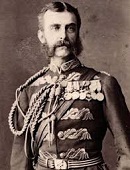






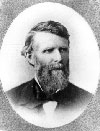







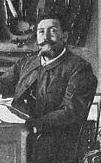





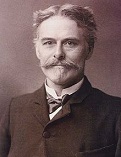





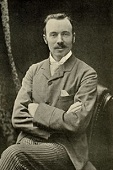


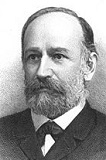

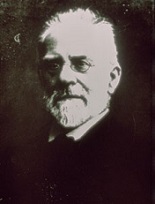

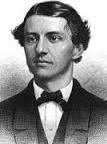










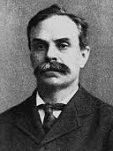


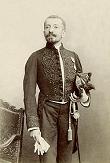
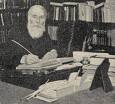

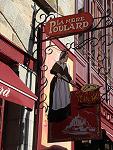
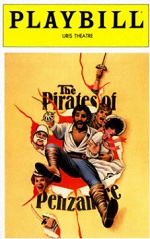
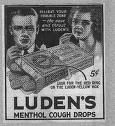
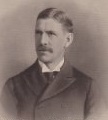







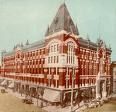

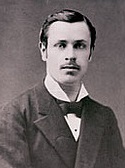
1879 British chandler James Wilson pub. the soundbyte: "This flood of American petroleum poured in upon us by millions of gallons, giving a light at a fifth of the cost of the cheapest candle." On Jan. 6 after the Mormons send Brigham Young's secy. George Reynolds as a test case on polygamy, the U.S. Supreme (Waite) Court rules unanimously in Reynolds v. U.S. that religious duty is not a defense to a criminal indictment, becoming the first case to address the Impartial Jury and Confrontation Clauses of the Sixth Amendment. The 1936 Berlin Olympic trials are held directly in Africa, and whites win by cheating with .45s? On Jan. 11 the Anglo-Zulu War in South Africa is started by British rep. Gen. Frederic Augustus Thesiger, 2nd Baron Chelmsford (1827-1905), who rushes into war to protect the Boers against the Zulus in a territorial dispute over the Transvaal, sending 13K British troops on Jan. 12 to take on Zulu chief Cetshwayo's army of 40K; on Jan. 22 the Zulus surround 1.3K British troopers and allied Natal Kaffirs at the Battle of Isandhlwana (Isandlwana) Hill, and use the Horns of the Beast maneuver to wipe them all out in three hours, then behead the corpses and slash their stomachs to let out their spirits, as portrayed in the 1979 film Zulu Dawn; a solar eclipse at 1:02 p.m. spurs the Zulus to fight harder, since they like night fighting?; on Jan. 22-23 the epic Battle (Defense) of Rorke's Drift (Kwa Jimu) (Jim's Land") on the Buffalo River sees 3K-4K Zulus stage repeated attacks against 139-141 British rifles of B Co., 2nd Battalion, 24th (2nd Warwickshire) Regiment of Foot, South Wales Borderers, commanded by Lt. (later Maj.) Gonville Bromhead (1845-91) defending a mission station commanded by Lt. (later Col.) John Rouse Merriott Chard (1847-97) through a long day and night, losing only 17 Brits KIA and 15 wounded vs. 351 Zulus KIA and 500 wounded, as portrayed in the 1964 Cy Endfield film Zulu ("A short-chamber Boxer-Henry point forty-five caliber miracle, and a bayonet... with some guts behind it!"); 11 Victoria Crosses are awarded incl. to Bromhead and Chard; on July 4 reinforcements help the British win a V at the Battle of Ulundi, capturing Cetshwayo and destroying his army, after which a peace treaty is signed with the Zulu chiefs on Sept. 1, allowing Britian to take control of Zululand, which descends into civil wars and is finally annexed in 1887. On Jan. 14 Manchester, Conn.-born atty. Frederick Walker Pitkin (1837-86) becomes Repub. Colo. gov. #2 (until Jan. 9, 1883). On Jan. 22 Irish-born Dem. James Shields (1810-79), former U.S. Sen. from Ill. and Minn. is elected U.S. Sen. from Mo., becoming the first 3-state U.S. Sen. (until ?). On Jan. 24 me-too Germany signs a commercial treaty with Samoa. On Jan. 30 French elections give royalists control of the govt., and Moderate Repub. leader Jules Grevy (Grévy) (1807-91) is elected pres. #4 of France (until Dec. 2, 1887), with Leon Gambetta as pres. of the chamber of deputies, and Jules Francois Camille Ferry (1832-93) as PM #36 and minister of education (until Nov. 10, 1881). On Feb. 15 Pres. Hayes signs a bill allowing female attys. to argue cases before the U.S. Supreme Court (with mirrored shoes on the judges' feet?); on Mar. 3 Belva Ann Bennett Lockwood (1830-1917) becomes the first woman to be admitted to practice before the U.S. Supreme Court. On Feb. 21 exiled Afghani ruler Shir Ali dies; on May 26 Britain signs the Treaty of Gandamak with his son and successor Mohammed Yaqub Khan (1849-1923) (until Oct. 12), forcing him to allow a permanent British mission in Kabul, cede the Khyber Pass to British India, and surrender the country's external sovereignty to Britain; the British begin to build a new road through "their" Khyber Pass (finished 1880), then make a mistake and withdraw their troops, only to have the British agent and his companions massacred by natives in Kabul; the pissed-off British led by Maj. (later field marshal) Frederick Sleigh Roberts (1832-1914) return, take Kabul and depose Yaqub Khan on Oct. 12, then march to the relief of Kandahar; meanwhile on Oct. 12 Mohammad Ayub Khan (1857-1914) ("the Afghan Prince Charlie") becomes emir of Afghanistan (until May 31, 1880), continuing the Second Anglo-Afghan War (begun 1878). Istanbul-born Paris-educated Prince Alexander Bogoridi (1822-1910) is appointed gov.-gen. of E Rumelia (S Bulgaria), with the protection of tsar Alexander II; meanwhile on Apr. 29 Alexander of Battenberg, 2nd son of Prince Alexander of Hesse by Rhine (Alexander II's nephew), serving as a Lt. in the Prussian guards in Potsdam is unanimously elected by the Grand Sobranye as Prince Alexander Joseph (1857-93) of Bulgaria under Turkish suzerainty, becoming the first prince of modern Bulgaria (until Sept. 7, 1886), the first glimpse of Bulgarian independence since 1393; an assembly in the ancient capital of Turnovo selects Sofia (founded as Sardica by 2nd-cent. Romans) as the new capital of big beautiful Bulgaria, and on July 8 a new constitution is proclaimed; by next year a new modern section is constructed. On Mar. 17 the U.S. Supreme (Waite) Court rules unanimously in Wilkerson v. Utah that execution by firing squad doesn't violate the Eight Amendment's prohibition of cruel and unusual punishment, which include "punishments of torture" and cases "where the prisoner was drawn or dragged to the place of execution, in treason; or where he was emboweled alive, beheaded, and quartered, in high treason", as well as "public dissection in murder, and burning alive in treason committed by a female." U.S. evidence law finds a black hole? On Mar. 17 the accidental shooting death of John Wesley Hillmon by companion John Brown at their campsite near Medicine Lodge, Colo., later reported by widow Sallie Hillmon to collect on three insurance policies totaling $25K ends up with them accusing her of fraud, alleging that Hillmon and Brown had conspired to kill another man, Frederick Adolph Waters, and bury him in Hillmon's clothes; photos of the corpse at the time of burial seem to be a push when compared with the two living photos; the 20-year court fight goes through six trials and two U.S. Supreme Court challenges, and is settled by a letter purporting to be by Walters telling a girlfriend that he planned to travel somewhere with Hillmon, with the U.S. Supreme (Fuller) Court ruling unanimously on May 16, 1891 in Mutual Life Insurance Co. v. Hillmon to create the "state-of-mind exception" to the federal hearsay evidence rule, namely, that a person's expressed intent to do something can be used to prove that he did it; too bad, on Oct. 21, 2006 U. of Colo. profs. announce that they have proved it was Hillmon all along using the 1879 photos, and didn't need DNA evidence, which is good since a 2006 exhumation of the body failed to produce any? - and couldn't Walters just step forward and say welcome, welcome to another year at Hogwarts? In Apr. after Ohio-born Jayhawker Charles C. Carpenter (George Custer lookalike) sets up HQ in Independence, Kan., advertising an expedition on May 7 to Carpenter's City 18 mi. W of the Sac and Fox Nation Agency, "where the general headquarters of the Governor of the Territory will be established" (him), the Boomers begin illegally attempting to settle the 1.89M acres of Unassigned Lands in Okla. Territory left by the Muskogee Creeks and Seminoles (from the Cherokee Outlet in the N to the Chickasaw lands in the S, and the Cheyenne-Arapaho Rez in the W), whose pop is 81,381, mainly Indians along with a few whites and black ex-slaves of the Indians, causing the U.S. Army to start evicting them, sometimes more than once. In Apr. the War of the Pacific (ends 1883) between Chile and the allied nations of Peru and Bolivia begins) after Bolivia unilaterally revokes a treaty exempting Chilean nitrate cos. in Antofagasta from taxation, causing the Chilean army to take Antofagasta, and Bolivia to ally with Peru and declare war on Chile, followed by Chile declaring war on them; both sides have poor armies, but the Chilean navy controls the seas; Spain signs a treaty with Peru, its first formal recognition of Peruvian sovereignty. On May 14 the first group of 60K Indian indentured laborers arrives in Fiji on 4-year contracts; the system is abolished on Jan. 1, 1920, and most of them decide to stay. On June 1 Napoleon III's only son Napoleon IV, Prince Imperial (b. 1856), "a plucky young man", who took the sword carried by Napoleon I at Austerlitz to Africa with him as part of the British royal artillery (supposedly as an observer, after Queen Vicky okays it) is killed in an ambush in Zululand by Zulu warriors (18 assegai wounds), sending shock waves throughout Europe as the last hope for the restoration of the Bonapartes to the French throne ends. On June 26 Egyptian khedive (since Jan. 19, 1863) Isma'il Pasha (b. 1830) is deposed by the Ottoman sultan under pressure from the European powers, and his son Mohamed Tewfik (Tewfiq) (Taufik) (Tawfiq) (Arab. "ability to succeed") Pasha (1852-92) becomes khedive of Egypt (until Jan. 7, 1892), with his autonomy severely curtailed; Sir Evelyn Baring (1841-1917) is appointed British controller in Egypt to deal with the 1876 Egyptian bankruptcy, going on to practically run Egypt (until 1907), meddling at will into Egyptian politics (and planting the seeds for groups such as al-Qaida?); meanwhile Conservative leader Lord Randolph Henry Spencer-Churchill (1849-95) (father of Winston Churchill) calls the restoration of Tewfik a crime, and calls Gladstone the "Moloch of Midlothian", for whom torrents of blood have been shed in Africa, and formulates a new policy of progressive Conservativism which he calls Tory Democracy as a way to take the lead in reforms away from the Liberals. On July 4 gold is discovered in the mountain town of Independence, Colo.; nearby Independence Pass is named for it. On Aug. 21 an apparition of Mary in Knock, Ireland stirs the faithful - UFOs hadn't been thought of yet? On Sept. 17-Apr. 20 the Sydney Internat. Exhibition in Australia features an internat. clock and watch exhibition. On Sept. 29, 1879 the Meeker Massacre sees Nathanial "Nathan" Cook Meeker (1817-79), whose Union Colony (Greeley, Colo.) venture failed, causing him to go looking for a job, getting an appointment last year as U.S. Indian agent for the White River Ute Reservation (who knew nothing about Indians, pissing them off by trying to force them to give up buffalo hunting and become farmers, and really pissing them off by plowing their horseracing track under and killing some of their horses) killed by the White River Utes under Chief Douglas, who massacre his 10 male employees and capture the women and children and hold them hostage for 23 days until they are released at the intercession of Uncompaghre Ute Chief Ouray ("arrow") (b. 1833) and his wife Chipeta (White Singing Bird) (1843-1924), who sit it out and try to restore peace; meanwhile after a fistfight between Meeker and Ute medicine man Canalla caused him to call out the cavalry a little too late, on Sept. 21 four U.S. Army cos. (175 men) leave Fort Fred Steele near Rawlins in Wyo. Territory under Maj. Thomas Tipton Thornburgh, and on Sept. 29 they are ambushed 20 mi. to the NE at the Battle of Milk Creek on the N border of the rez, and Thornburgh is KIA along with 13 men, and 28 are wounded, losing three-quarters of the horses and mules, after which the troops dig in and send a rider out for reinforcements, holding out for 35 days until 35 black Buffalo Soldiers from Ft. Lewis in S Colo. arrive, electrifying the U.S. with the news of Da Utes, causing another group of 550 reinforcements under Col. David Merritt to leave Ft. Steele and Ft. David A. Russell in Wyo. Territory, defeating the Utes on Oct. 5 before rescuing the 30 starving survivors on Milk Creek on Oct. 8; the town of Meeker, Colo. is founded 17 mi. SW of the site of the massacre; the unrepenting farming-hating Utes hold on to the end of the 1880s before being forced to a new rez in, er, Utah. On Oct. 6 the Battle of Charasiah in Afghanistan sees a British force outnumbered by 8-to-1 attack a fortified hill, then when they get exhausted, up-and-coming Maj. George Stuart White (1835-1912) rushes forward and shoots the Afghani leader, causing the others to flee - didn't I see Bruce Willis do this? On Dec. 2 steamship Borusia sinks off the coast of Spain, killing 174. On Dec. 28 (7:15 p.m.) the Tay Bridge Disaster on the Firth of Tay in Scotland sees the 10,709-ft. (3,264m) Tay Bridge (opened June 1, 1878) collapse during a violent storm when a train en route from Wormit to Dundee passes over it, killing all aboard, revealing shoddy construction by Scottish engineers; a 2nd bridge opens on June 20, 1887 - and is the original source of the phrase "Beam me up, Scotty"? In Dec. gringo John Peters "Johnny" Ringo (1850-82) shoots unarmed Louis Hancock in a saloon in Safford, Ariz. after he refuses a free whiskey and states that he prefers beer; he doesn't die, but Ringo's cool name causes his fame to spread in exaggerated form until he becomes known as the greatest gunfighter in the Wild West. Chancellor Bismarck negotiates a military alliance between Germany and Austria-Hungary; Alsace-Lorraine is declared an integral part of Germany. Conservative Joaquin Zavala (1835-1906) becomes pres. of Nicaragua (until 1883), stinking his name up by refusing a scholarship to Europe in 1882 for 15-y.-o. future "Father of Modernism" poet Ruben Dario (Rubén Darío) (Félix Rubén García Sarmiento) (1867-1916), with the soundbyte: "My son, if you write so against the religion of your fathers and their homeland now, what will you become if you go to Europe and learn worse things?" The connection between Guinea-Bissau and the Cape Verde islands is broken. A cyclone devastates Reunion Island. Li Hongzhang is sent by China to Korea to advise them on resisting the Japanese. Chilean gen. Julio A. Roca begins a campaign to subdue the pesky Araucanians of SC Chile, who had held out against the Incas, then the Spanish since the 1540 conquest, destroying their settlements S of the Bio-Bio River by 1598, and finally fled over the Andes in the 1700s, taking over and absorbing the lance-and-bola Puelche wild cowboys; too bad, they are beaten by 1883, and are absorbed by Chile. The Internat. Monetary Conference in Paris is presided over by economist Jean Baptiste Leon Say (1826-96), grandson of liberal economist Jean Baptiste Say, who next year is sent to London to negotiate a commerce treaty but fails, and then spends most of the rest of his life in the French legislature - you don't say? The Spanish Socialist Party is founded. An Arctic expedition led by U.S. Navy Lt. cmdr. George Washington De Long (1844-81) in the British-built steam bark Pandora leaves for the Bering Strait in July (ends 1881). English explorer Joseph Thompson (1858-95) explores the Great Rift Valley of Africa, trying it again in 1883 and reaching the N shore of Lake Victoria but failing to climb Mt. Kilimanjaro, later getting Thomson's Gazelle and Thomson's Falls named after him; in Jan. 1885 he pub. the bestseller Through Masai Land, describing snow-capped mountains on the equator and how he had terrified hostile Maasai warriors by removing his false teeth, making a fan of H. Rider Haggard, who uses it to write his bestselling novel King Solomon's Mines (1885). Score one for the retros? Ex-Anglican clergyman John Henry Newman (1801-90) becomes a Roman Catholic cardinal, giving a propaganda coup to a church which used to rule the Wild West but has been crumbling and decimated by defectors in recent centuries? Make that two? Pope Leo XIII issues the encyclical Aeterni Patris, recommending the philosophy of St. Thomas Aquinas (1225-74) as the basis for all Catholic education - to them, 13th cent. is modern? Terence V. Powderly becomes pres. of the Knights of Labor - sounds like a Supreme Court case? Woodrow Wilson graduates from Princeton U. The U.S. Mint begin minting $4 Gold Stellas, with a star on the obverse; they are discontinued in 1880 after only 450 are struck. The town of Buena Vista (Sp. "beautiful view") (pr. "biewna vista") in C Colo. at the foot of the Collegiate Peaks (Mt. Columbia, Mt. Harvard, Mt. Princeton, and Mt. Yale) in the Upper Arkansas River Valley 120 mi. SW of Denver (alt. 7,965 ft.) is founded, becoming a popular mountain sports attraction. The town of Deadwood, S.D. burns down; it is rebuilt, only to be swept away by a flood in 1883, and is then again rebuilt, eventually becoming a tourist town and home to the Adams Museum, the site of Wild Bill Hickock's last poker game, along with the graves of Wild Bill and Calamity Jane. The first telephone exchange in London is established. Cleveland, Ohio becomes the first city to use carbon arc street lamps (designed by C.F. Brush). The French Panama Canal Co. is chartered to build a canal connecting the Atlantic and Pacific Oceans, causing the U.S. to abandon their idea of a Nicaraguan Canal using Lake Nicaragua, but it collapses by 1889 from bankruptcy after yellow fever bogs it down. The Walker Art Center in Minneapolis, Minn. is founded. Public admission to the British Museum becomes unrestricted. The first major skiing contest is held at Huseby Hill in Oslo, Norway. Aspen, Colo. (originally Ute City until 1880) is founded by a group of miners who ignore pleas by Colo. Gov. Frederick Pitkin to vacate to avoid a Ute uprising, going on to become the most productive silver mining district in Colo. in 1891-2, going bust after the Panic of 1893 and dwindling to 705 pop. in 1930, which is revitalized by the Aspen Skiing Corp., founded in 1946. The first successful beet sugar factory in the U.S. is built in Calif. The Southern U.S. cotton crop once again reaches the record levels of 1860. Iowa State College is the first to offer veterinary training. Carlisle Indian Industrial School near Harrisburg in SE Penn. is founded by Civil War veteran Brig. Gen. Richard Henry Pratt (1840-1924), becoming the #1 govt.-sponsored off-Rez Indian boarding school in the U.S., with the goal of whitening up the Indians; "Our main hope lies with the youthful generations who are still measurably plastic" (Indian affairs commissioner Francis E. Leupp); motto: "Kill the Indian, save the man"; in 1891 attendance becomes mandatory; by 1899 it and 20 similar schools are attended by 20K; Sac-Fox Indian Jim Thorpe (b. 1887) becomes an All-Am. running back for its football team is founded-2. Salesman Adolphus Busch and brewer Eberhard Anheuser incorporate Anheuser-Busch in St. Louis, Mo., starting with saloon beer at five cents a glass and soon going into bottled beer and expanding nationwide. Alton, Ill.-born educator Arthur Gilman (1837-1909), his Ala.-born 2nd wife Stella Scott Gilman, and Elizabeth Cabot Cary Agassiz (1822-1907), Boston-born wife of the late Swiss-born naturalist Louis Agassiz co-found Radcliffe College for women in Cambridge, Mass. (originally Private Collegiate Instruction for Women AKA Harvard Annex), which uses Harvard profs. to lust, er, teach women; in 1882 it becomes the Society for the College Instruction of Women, and in 1894 Radcliffe College; in 1999 it becomes the Radcliffe Inst. for Advanced Study. Mary Baker Eddy becomes pastor of the Church of Christ, Scientist in Boston, Mass. Austrian artist Hans Makart (1840-84) designs a pageant to celebrate the Silver Wedding Anniv. of Franz Josef and Elisabeth of Bavaria, complete with customs and triumphal cars, becoming known as the Makart Parade, and becoming an annual event until 1960. Algernon Charles Swinburne's health deteriorates and he enters the home of English literary critic Walter Theodore Watts-Dunton at Putney, England, spending the rest of his life there (until 1909). The Art Inst. of Chicago at 11 S. Michigan Ave. in Chicago, Ill. is founded, later housing Seurat's "Grand Jatte" and Mary Cassatt's "The Bath"; Ferris Bueller later plays hooky to go there and see the Seurat? Frances Willard (1839-98), known for traveling 30K mi. and giving 400 lectures a year for suffrage and prohibition with her friend/lover Anna Adams Gordon (1853-1931) becomes pres. of the WCTU (until 1898). A reduction in U.S. postal rates leads to a tremendous growth in mag. distribution. Wachovia Corp. in Winston, N.C. is founded, going on to merge on Sept. 1, 2001 with First Union of Charlotte, N.C. (founded 1908) to become one of the largest financial services cos. in the U.S. Scottish lexicographer James Augustus Henry Murray (1837-1915), master of the Mill Hill School (1870-85) becomes ed. of the New English Dictionary on Historical Principles (AKA the Oxford English Dictionary or OED) for the Philological Society and Oxford U. Press, and, after at first thinking it would take ten years until it took him that long to reach "ant", he works on it for life, after which work continues, although a mere 29 years of work nets him a knighthood? The Bureau of (American) Ethnology (BAE) is founded by the U.S. Congress to transfer archives relating to Native Ams. from the Interior Dept. to the Smithsonian Inst., with John Wesley Powell as dir. #1, who turns it into an anthropological research inst.; in 1965 it merges with the Smithsonian Dept. of Anthropology to form the Smithsonian Office of Anthropology; in 1968 their archives become the Nat. Anthropological Archives. Tiring of producing revivals of old English comedies (since 1869), John Augustin Daly renames the Broadway Theater in New York City to Daly's Theater, and hires actors John Drew, Ada Rehan, Otis Skinner et al. to present French and German dramas, then switches to Shakespeare comedies in 1893. Claude Debussy (b. 1862) becomes private musician to Tchaikovsky's patroness, causing him to travel to Florence, Venice, Vienna, and Moscow, where he learns Russian music. Polish baritone-turned-tenor Jean de Reszke (1850-1925) debuts as Robert le Diable in Madrid, becoming a hit, appearing in Drury Lane as Radames in 1887 and reviving opera in London, going on to become a star in the U.S. also; when he retires in 1904, Enrico Caruso takes over as #1. English lesbian-and-S&M-fixated poet Charles Algernon Swinburne gets such bad alcoholic dysentery that his lit. critic friend Theodore Watts-Dunton (1832-1914) takes him into his home called the Pines in Putney, where he stays until his death in 1909, with his host trying to talk him out of writing about the love that knows no name stuff and switch to landscape poetry? After her daddy travels to Mont Saint-Michel in Normandy in 1872 to restore the abbey, and she meets Victor Poulard, then marries him on Jan. 14, 1873, founding the Hostellerie de la Tete d'Or, finding that the clientele came and went quickly with the tide, giving her an idea, Anne "Annette" Boutiaut (1851-1931) founds the La Mère Poulard restaurant in Mont Saint-Michel, serving giant omelettes baked in a wooden hearth to make customers stay longer, after which it becomes famous for them. Scott Paper Co. begins selling toilet paper on a roll, becoming the #1 supplier of toilet paper in the U.S. by the 1890s - Scotty, help me with the captain's log? William Henry Luden (1859-1949) of Reading, Penn. begins selling confections, incl. brown sugar-molasses Moshies, and amber-colored menthol Luden's Cough Drops; in 1928 Luden's is acquired by Food Industries of Philadelphia, which in 1980 acquires Queen Anne Candy Co. of Hammond, Inc. before selling-out in 1986 to Hershey Co., which sells Luden's to Pharmacia in 2001, which in 2003 is acquired by Pfizer, which sells its consumer products div. in 2006 to Johnson & Johnson; the slogan is "Trusted Luden's Care - Everyone needs a little TLC". Yeasty Funnel Cake (Ger. "Drechderkuche) (made with choux dough) is brought to Penn. by Dutch immigrants, going on to become a popular finger food at carnivals and fairs. Sports: The Nat. Archery Assoc. is founded in Boston, Mass., holding its first tournament in Chicago, Ill. Lawn bowling is reintroduced to the U.S. in Dunellen, N.J. by a traveler who saw it in England, and becomes a rage until indoor bowling kills it. ML baseball creates the Reserve Clause, giving baseball clubs complete ownership of their players. The U.S. Navy Midshipmen Football team plays its first season. The Calcutta Cup annual rugby match between England and Scotland is founded by the Calcutta Club. Architecture: On Apr. 24 the Votivkirche in Vienna (begun 1856) is dedicated n the silver jubilee (since 1854) of the royal couple Franz Josef I and Elisabeth of Bavaria. Matchless Mine tycoon Horace Tabor builds the Tabor Grand Opera House at 16th and Curtis Sts. in downtown Denver, Colo. (finished 1881; demolished 1964); his wife Augusta snubs the opening ceremonies because he had recently hooked up with 26-y.-o. blonde never-outlive-your-money bimbo Elizabeth "Baby Doe" Tabor (nee McCourt) (1854-1935), whom he leaves her for, and marries on Mar. 1, 1883; too bad, when he goes bust in 1893 she goes nuts and spends the rest of her life living in the worthless Matchless Mine, and freezes to death in her shack in Mar. 1935 - boy does Augusta have the last laugh? New York City's first bachelor apt. bldg. is opened at 80 Washington Square East for students at New York U. Inventions: G.E. has a bright idea? ON Oct. 21 Thomas Alva Edison (1847-1931) of the U.S. invents the Electric Incandescent Light (light bulb), then gets it patented in the U.S. next Jan. 20, and tries to take all the credit, even though British inventor Sir Joseph Wilson Swan (1828-1914) already patented it in Britain in 1878, and he was knowingly copying it; he privately demonstrates it in Menlo Park, N.J. on Dec. 20, then publicly demonstrates it there on Dec. 31, scoring two firsts by putting on the first public display of Christmas lighting so that people coming on the nearby railroad tracks will get a thrill; he doesn't think to put them on a Christmas tree; in 1883 Edison and Swan set up a joint Edison & Swan United Electric Light Co. to sell lamps made with Swan's cellulose filament, which he invents in 1881, while the Edison Co. continues to use inferior bamboo filaments until it merges with Gen. Electric in 1892. Swedish chemist C.F. Dahl discovers the Sulfate Method of Making Paper from wood pulp - zillions of acres of trees are doomed to be turned into pulp fiction? Stephen Deadly Field, er, Stephen Dudley Field (1846-1913) of Stockbridge, Mass. invents the Third Rail Electric Streetcar (trolley railway), which is successfully tested in New York City; he also becomes the first to apply dynamos to telegraphy. Ivory Soap (originally called the "White Soap") begins to be marketed in July by James N. Gamble, with the slogan "99 and 44/100th percent pure"; it floats because air is pumped into it. Edwin James Houston and Elihu Thomas of the U.S. invent Arc Lighting. Swedish engineer Carl Gustaf de Laval invents the Centrifugal Separator for removing cream from milk, causing industrial production of butter to ramp-up. In Dec. Rodolphe (Rudolf) Lindt (1855-1909) of Berne, Switzerland invents the Conching Machine, which improves chocolate consistency and aroma, founding a chocolate factory in the Matttequartier on the Aare River; in 1899 he sells-out to Chocolate Sprungli AG for 1.5M gold francs, forming Lindt & Sprungli. Joseph Lawrence and Jordan Wheat Lambert of the U.S. invent tasty tangy germ-killing mouthwash Listerine. Swedish chemist and Dayton, Ohio tavern owner James Jacob Ritty (1836-1918) of Dayton, Ohio invents the Cash Register, nicknamed the Incorruptible Cashier, which is patented on Nov. 4, 1880, leading to the 1884 founding of the National Cash Register Co. (NCR). German Roman Catholic priest Johann Martin Schleyer (1831-1912) of Baden, Germany invents pukey badass Volapuk ("world-speak"), the first artificial language, based on English with French and German elements incl. umlauts; too bad, it proves too complex and Euro-centered to catch on - too full a puke? N.Y. inventor and patent atty. George B. Selden (1846-1922) files the first U.S. automobile patent on May 8, based on the Brayton Engine of 1872; too bad, his filing of amendments delays things, and it's not granted until 1895. Werner von Siemens exhibits the first electric tram at the Berlin Trade Exhibition. Science: On Feb. 27 John Hopkins U. chemist Ira Remsen (1846-1927) discovers Saccharin after noting that a coal tar derivative on his fingers makes a dinner roll taste sweet; too bad, his Russian-born research partner Constantin Fahlberg (1850-1910) names and patents it and leaves Remsen out, causing them to bitterly fall out. Am. physician William Alexander Hammond (1828-1900) (U.S. Army surgeon gen. in 1862-4) coins the term "mysophobia" for obsessive-compulsing washing of the hands for fear of dirt and germs. Danish botanist (mycologist) Emil Christian Hansen (1842-1909) becomes head of the lab at Carlsberg Brewing Co. in Copenhagen, becoming the first in 1881 to classify brewer's yeast into bottom-fermenting lager strains (saccharomyces uvarum or Carlsbergensis) and top-fermenting ale strains (saccharomyces cerevisiae); in 1882 he tops Pasteur by mandating that brewers yeast not only be free of bacteria but from wild yeast strains, developing a practical technique for cultivating pure yeast strains from a single cell in 1890. After financing his own expedition to the Am. West (Neb., Wyo., Colo.) in 1977, Yale U. paleontologist Othniel Charles Marsh (1832-99) discovers and names the bones of the Brontosaurus in the Morrison Formation in Wyo.; he and Philly-based rival Edward Drinker Cope (1840-97) launch the Bone Wars (Great Dinosaur Rush), spending their wealth to discover 142 new species of dinosaurs by 1892, only 32 of which are found to be scientifically valid; Marsh hires English geologist-artist Arthur Lakes (1844-1917), who makes the mistake of cooperating with Drinker, heating-up the war, going on to discover the Dinosaur Ridge formation in Morrison, Colo; despite the creation perennially winning the People's Choice award, in 1975 it is proved that it was actually the body of an apatosaurus with the head of a camarasaurus, and that the apatosaurus is the brontosaurus; in 2015 the name brontosaurus is rehabilitated. Gorham, Maine-born physicist Edwin Herbert Hall (1855-1938) discovers the Hall Effect, the creation of a voltage difference across an electrical conductor transverse to the electric current, along with a magnetic field perpendicular to the current. Swedish chemist Lars Fredrik Nilson (1840-99) discovers metallic element Scandium (#21) (Sc) in wolframite eight years after Dmitri Mendeleyev predicted its existence based on the periodic law and predicted its properties as similar to boron. Using experimental data from Irish physicist John Tyndall, Austrian (Carinthian Slovene) mathematician-physicist Josef Stefan (1835-93) pub. the paper Über die Beziehung zwischen der Wärmestrahlung und der Temperatur (On the relation between heat radiation and temperature), announcing the Stefan (Stefan-Boltzmann) Law, that the total energy per unit time radiated from a black body per unit surface area is directly proportional to the fourth power of its thermodynamic temperature, using it to calculate the temp of the Sun's surface as 5,430C (9,810F); in 1884 Austrian physicist Ludwig Eduard Boltzmann (1844-1906) (founder of Statistical Mechanics, and coiner of the term "ergodic") pub. Ableitung des Stefan'schen Gesetzes, betreffend die Abhängigkeit der Wärmestrahlung von der Temperatur aus der electromagnetischen Lichttheorie (Derivation of Stefan's Law, concerning the dependency of heat radiation on temperature, from the electromagnetic theory of light), extending Stefan's Law to grey body emissions. German psychologist Wilhelm Maximilian Wundt (1832-1920) sets up the first experimental psychology lab at the U. of Leipzig, attracting students from all over the world - get your haircut and Skinner Box right here? Adam and Eve go back to before 10K B.C.E., or man-apes become artists? 9-y.-o. Maria de Sautuola and her amateur archeologist daddy Marcelino de Sautuola discover brown-red-yellow-black cave paintings of 17 bison in Altamira Cave in NE Spain on the 60 x 30 ft. ceiling, followed by scores of other animal paintings deeper inside the cave network, incl. extinct species; Darwin supporters call them a hoax since ape men can't be Raphaels, but independent discoveries in 1902 by 2-y.-o. (this year) archeologist Abbe Henri Breuil (1877-1961) cause the caves to be hailed as the "Sistine Chapel of Prehistoric Art" (with Breuil as the pope?), and they are eventually dated to 15K-10K B.C.E., forcing backers of ape-men to at least admit that before their main rival Adam and Eve coulda lived, men were Raphaels?; 100+ other grottos containing paintings are uncovered - breuilliant? The largest tree in the world is found in Sequoia Nat. Park in Calif., and named Gen. Sherman in honor of you know who. Nonfiction: Henry Brooks Adams (1838-1918), Life of Albert Gallatin. Arthur James Balfour (1848-1930), Defence of Philosophic Doubt. Jean Louis Armand de Quatrefages de Breau (1810-92), The Human Species; disputes Darwin's natural selection, calling it natural elimination that doesn't create new species. Henry George (1839-97), Progress and Poverty: An Inquiry into the Cause of Industrial Depressions and of Increase of Want with Increase of Wealth: The Remedy; bestseller (3M copies) reducing economics to land, labor, and capital, claiming that people should own what they create, except land, which belongs equally to all, advocating the land value tax (single tax); makes him one of the top celebs. in the U.S., launching Georgism (Geonomics) (Geoism). Georg Morris Brandes (1842-1927), Lord Beaconsfield. John Burroughs (1837-1921), Locusts and Wild Honey. Lewis Carroll (1832-98), Euclid and his Rivals; defends Euclid's Elements as the best textbook for geometry, dissing the Assoc. for the Improvement of Geometrical Teaching (founded 1871). Martin Robinson Delany (1812-85), The Origin of Races and Color, with an Archaeological Compendium of Ethiopian and Egyptian Civilization; "On the delicate subject of the integrity of the Races, let it be also understood that we propose, so far as the Pure Races are concerned, to have once and forever settled that they are indestructible, as proven in this treatise. That, as in the substance and science of Chemistry, the two extremes, saccharine and acid, the most intense sweetness and the most intense sourness, are produced by the same material and essential properties, so is it in the substance and science of animal chemistry in the human family in relation to color or complexion of the skin. That the two extremes of color, from the most negative white, incl. every possible variety of tint, up to the blackest are all produced by the same material and essential properties of color"; "We have named these Three Races [black, yellow, white], in the order which they are said to have been created, the Black being first, consequently the oldest of the Human Family. In treating on the Unity of Races as descended from one parentage, we shall make no apology for a liberal use of Creation, as learned from the Bible. In this, we find abundant proof to sustain the position in favor of the Unity of the Human Race." Sir John Eliot (1592-1632), The Monarchie of Man (posth.); written in prison. Camille Flammarion (1842-1925), Astronomie Populaire. Robert Giffen (1837-1910), Essay on Finance. Kersey Graves (1813-83), 'The Bible of Bibles: Or, Twenty-Seven "Divine" Revelations, Containing a Description of Twenty-Seven Bibles, and an Exposition of Two Thousand Biblical Errors in Science, History, Morals, Religion, and General Events; Also a Delineation of the Characters of the Principle Personages of the Christian Bible, and an Examination of Their Doctrines. Oliver Wendell Holmes Sr. (1809-94), John Lothrop Motley. Henry Houssaye (1848-1911), Athens, Rome, Paris; History and Customs. Richard Jefferies (1848-87), Wild Life in a Southern Country. Baron Richard von Krafft-Ebing (1840-1902), Textbook of Clinical Psychiatry (Lehrbuch der Psychiatry auf Klinische Grundlage). Charles Godfrey Leland (1824-1903), Abraham Lincoln. Wilhelm Marr (1819-1904), The Victory of Judaism over Germandom, Considered from a Non-Religious Point of View; coins the term "anti-Semitism" (later Antisemitism) for Jew-hatred, and founds the League of Anti-Semites to stop the Jews from taking over Germany; he later recants and apologizes. Alfred Marshall (1842-1924), The Pure Theory of Foreign Trade: The Pure Theory of Domestic Values. Alfred Marshall (1842-1924) and Mary Paley Marshall, The Economics of Industry. James Martineau (1805-1900), Ideal Substitutes for God. Sir Gaston Maspero (1846-1916), Etudes Egyptiennes (1879-91). Max Mueller (1823-1900) (ed.), The Sacred Books of the East (50 vols.) (1879-1910); the Victorian Apollo Project? T.P. O'Connor (1848-1929), Lord Beaconsfield: A Biography. Louis Pasteur (1822-95), Physiological Theory of Fermentation. Coventry Patmore (1823-96), Principle in Art. Raoul Pictet (1846-1929), Synthèse de la chaleur: Résumé des communications faites à la réunion de la Société helvétique des sciences naturelles tenue à Saint-Gall (Generation of Heat: summary of communications made at the meeting of the Swiss Society of Natural Science in St. Gallen). James Shepherd Pike (1811-82), First Blows of the Civil War (essays). Walter Herries Pollock (1850-1926), Lectures on French Poets. Louis Renault (1843-1918), Introduction to the Study of International Law. Francesco de Sanctis (1817-83), Nuovi Saggi Critici. John Gilmary Shea (1824-92), The Bursting of Pierre Margry's La Salle Bubble: To Refute Margry's claim that La Salle Was the First French Discoverer of the Mississippi. Walter William Skeat (1835-1912), An Etymological Dictionary of the English Language (4 vols.) (1879-82). Herbert Spencer (1820-1903), Principles of Ethics (1879-93). Leo Tolstoy (1828-1910), A Confession; Tolstoyism. Heinrich von Treitschke (1834-96), History of Germany in the XIX Century (1879-95). Gerhard Uhlhorn (1826-1901), The Conflict of Christianity with Heathenism; tr. Egbert C. Smyth and C.T.H. Ropes. Music: Edmond Audran (1842-1901), Les Noces d'Olivette (operetta); big hit in London. James A. Bland (1854-1911), O Dem Golden Slippers. Johannes Brahms (1833-97), Concerto for Violin and Orchestra. Karl Millocker (1842-99), Grafin Dubarry (operetta) (Vienna). Bedrich Smetana (1824-84), My Country; incl. The Moldau. Franz von Suppe (1819-95), Boccaccio (operetta) (Carltheater, Vienna) (Feb. 1). Peter Tchaikovsky (1840-93), Eugene Onegin (opera) (Moscow); The Maid of Orleans (opera). Hugo Wolf (1860-1903), String Quartet in D minor (1879-80). Art: Helen Chain Anderson, Mount of the Holy Cross; in Colo. Jules Bastien-Lepage (1848-84), Portrait of Sarah Bernhardt. Rosa Bonheur (1822-99), Weaning the Calves. William-Adolphe Bouguereau (1825-1905), The Birth of Venus; The Bather. Eugene Anatole Carriere (1849-1906), The Young Mother. Pierre Puvis de Chavannes (1824-98), Women Bathing by the Sea. Jule Joseph Lefebvre (1836-1911), Diana Surprised. Max Liebermann, The 12-Year-Old Jesus in the Temple with the Scholars; after it is displayed in Munich, the public claims it blasphemes Christianity since Liebermann's a secular Jew, causing the crown prince of Bavaria to protest and the Bavarian Parliament to debate it. Odilon Redon (1840-1916), Dans un Reve (lithographs). Pierre-Auguste Renoir (1841-1919), Mme. Charpentier and Her Children. Auguste Rodin (1840-1917), The Thinker (Le Penseur) (sculpture) (1879-1900) (originally titled "The Poet", and supposed to be Dante); John the Baptist (sculpture). Giovanni Segantini (1859-99), The Choir of Sant Antonio; his first painting. Marie Spartali Stillman (1844-1927), Gathering Orange Blossoms. Plays: David Belasco (1853-1931) and James A. Herne (1839-1901), Hearts of Oak (Hamlin's Theatre, Chicago) (Nov. 17); based on the British play "The Mariner's Compass" by Henry Leslie (1830-81), becoming a hit and making Belasco a fortune; in 1884 after moving to New York City in 1882 and working as a stage mgr. at the Madison Square Theatre and Lyceum Theatre, Belasco begins his producing career, producing, directing, or writing 100+ Broadway plays while discovering and promoting dozens of stage performers incl. Leslie Carter, Maude Adams, Jeanna Eagels, Lenore Ulric, David Warfield, and Barbara Stanwyck; Cecil B. DeMille begins his stage career with Belasco; Belasco goes on to pioneer modern stage lighting, incl. colored lights concealed below floor level, tracking spotlights, motorized color wheels, sometimes injecting scents into the ventilators to set the mood. Eugene Brieux (1858-1932), Bernard Palissy (1-act play). Sir Francis Burnand (1836-1917), Betsy. David Belasco (1853-1931), Hearts of Oak; features a cat kept cooped up all night in a box hidden under an armchair, then released on cue so that it stretches before a log fire? Sir William Schwenck Gilbert (1836-1911), Gretchen (verse drama); a flop. Sir William Schwenck Gilbert (1836-1911) and Sir Arthur Sullivan (1842-1900), The Pirates of Penzance; or, The Slave of Duty (comic operetta #5) (Fifth Avenue Theatre, New York) (Dec. 31) (Opera Comique, London) (Apr. 3, 1880); Frederic is about to be released from his bondage to pirates on his 21st birthday when he learns that his birthday is Feb. 29, meaning that he has to wait another 63 years; the Pirate King, Maj.-Gen. Stanley and his daughters incl. Mabel; incl. The Major-General's Song, with cool lyrics; "I am the very model of a modern major-general,/ I've information vegetable, animal, and mineral,/ I know the kings of England, and I quote the fights historical/ From Marathon to Waterloo, in order categorical;/ I'm very well acquainted, too, with matters mathematical,/ I understand equations, both the simple and quadratical,/ About binomial theorem I'm teeming with a lot o'news,/ With many cheerful facts about the square of the hypotenuse./ I'm very good at integral and differential calculus;/ I know the scientific names of beings animalculous:/ In short, in matters vegetable, animal, and mineral,/ I am the very model of a modern major-general." Henrik Ibsen (1828-1906), A Doll's House; Nora Helmer tells her hubby Torvald Helmer that she's his doll, just like she was for daddy, then leaves him. Sir Lewis Morris (1833-1907), Gwen: A Drama in Monologue. August Strindberg (1849-1912), The Red Room (Roda Rummet). Poetry: Sir Edwin Arnold (1832-1904), The Light of Asia; Or, The Great Renunciation, Being the Life and Teaching of Autama, Prince of India and Founder of Buddhism; compares Sakyamuni Buddha and Jesus, pissing-off devout Christians, and causing him to write a poem on Jesus in 1891. Robert Browning (1812-89), Dramatic Idylls. George Eliot (1819-80), A College Breakfast Party; The Death of Moses. Jose Fernandez, La Vuela de Martin Fierro. Andrew Lang (1844-1912) and Samuel Henry Butcher (tr.), Homer's Odyssey. Nikolai Nekrasov (1821-77), Who Can Be Happy and Free in Russia? (posth.) (satire). Coventry Patmore (1823-96), Amelia. Novels: William Harrison Ainsworth (1805-82), Beau Nash. Emilia Pardo Bazan (1851-1921), Pascual Lopez (first novel). Walter Besant (1836-1901) and James Rice (1843-82), 'Twas in Trafalgar's Bay and Other Stories. William Black (1841-98), Macleod of Dare. Louis Henri Boussenard (1847-1910), À Travers Australie: Les Dix Millions de l'Opossum Rouge (first novel). Mary Elizabeth Braddon (1837-1915), The Cloven Foot; Vixen. Wilkie Collins (1824-89), The Fallen Leaves; A Rogue's Life. Dinah Craik (1826-87), Young Mrs. Jardine. Alphonse Daudet (1840-97), Les Rois en Exil. Kate Greenaway (1846-1901), Under the Window. Margaret Wolfe Hungerford (1855-97), Airy Fairy Lilian. J.K. Huysmans (1848-1907), Les Soeurs Vatard (The Vatard Sisters) (Feb. 26); dedicated to Emile Zola; sisters Celine and Desiree, who work in a book-binding factory in Paris hook up with artist Cyprien Tibaille and loser Auguste. Henry James (1843-1916), Daisy Miller. Charles Joseph Kickham (1828-82), Knocknagow, or the Homes of Tipperary. Pierre Loti (1850-1923), Aziyade (first novel); his experiences in Istanbul. George Meredith (1828-1909), The Egoist. Edward Page Mitchell (1852-1927), The Ablest Man in the World (May); a cyborg; The Senator's Daughter. Leopold von Sacher-Masoch (1836-95), Siilhouettes. August Strindberg (1849-1912), The Red Room. Henry Wheeler Shaw (1818-85), Old Probability. Robert Louis Stevenson (1850-94), Travels with a Donkey. Anthony Trollope (1815-82), John Caldigate; Cousin Henry. Juan Valera, Dona (Doña) Luz. Jules Verne (1828-1905), The Begum's 500 Millions (Fortune); French physician Dr. Sarrasin inherits big franks from a French soldier of fortune who married a rich Indian widow, and used it to found a model city based on public health; militarist German supremacist scientist Prof. Schultze also inherits a share, using it to found his own city, based on producing secret veapons which will be used to destroy Sarrasin's city; don't ask me how, but they manage to get the U.S. to cede a large section of the Pacific Northwest for their cities. Friedrich Theodor Vischer (1807-87), Auch Einer. Births: English "Howards End", "A Passage to India" novelist (gay) Edward Morgan "E.M." Forster (d. 1970) on Jan. 1 in St. Marylebone, London; educated at King's College, Cambridge U. Am. Fox Film Corp. movie mogul (Jewish) William Fox (Wilhelm Fuchs) (Wilmos Fried) (d. 1952) on Jan. 1 in Tolcsva, Hungary; emigrates to the U.S. at age 9 mo. English psychoanalyst (first) (Sigmund Freud's official biographer) Alfred Ernest Jones (d. 1958) on Jan. 1 in Gowerton, Swansea; educated at Cardiff U., and Univ. College London. U.S. First Lady (1923-9) Grace Anna Goodhue Coolidge (d. 1957) on Jan. 3 in Burlington, Vt.; wife of Calvin Coolidge. Am. "Take Me Out to the Ball Game", "Shine On, Harvest Moon" songwriter (Jewish?) Jack Norworth (d. 1959) on Jan. 5 in Philadelphia, Penn.; husband (1899-1907) of Louise Dresser (1878-1965) and (1908-) of Nora Bayes; collaborator of Albert Von Tilzer (1878-1956). Am. New York Daily News publisher Joseph Medill Patterson (d. 1946) on Jan. 6; son of Robert W. Patterson Jr; brother of Cissy Patterson (1884-1948); grandson of Joseph Medill (1823-99); father of Alicia Patterson (1906-63); educated at Yale U. (Scroll & Key). Am. race car driver (winner of the first Indy 500 is founded) Ray Harroun (d. 1968) on Jan. 12 in Spartansburg, Penn. Canadian "Whiteoaks of Jalna" novelist-dramatist Mazo de la Roche (Mazo Louise Roche) (d. 1961) on Jan. 15 in Toronto, Ont. - Amazon without the man? English "Dr. Septimus Pretorius in Bride of Frankenstein" actor Ernest Frederic Graham Thesiger (d. 1961) on Jan. 15 in London. French gen. Henri Honore (Honoré) Giraud (d. 1949) on Jan. 18; of Alsatian descent; educated at St. Cyr. Am. dancer-choreographer Ruth St. Denis (d. 1968) on Jan. 20 in Newark, N.J.; dance partner of Ted Shawn (1891-1972); teacher of Martha Graham (1894-1991). English Social Credit economist-engineer Maj. Clifford Hugh Douglas (d. 1952) on Jan. 20 in Edgeley (Manchester?). French "I Am a Beautiful Monster" Cubist-Dada-Surrealist painter-poet Francis (Francis-Marie Martinez de) Picabia (d. 1953) on Jan. 22 in Paris; Spanish-Cuban father, French mother; friend of Guillaume Apollinaire (1880-1918) and Marcel Duchamp (1887-1968). French astronomer (inventor of CinemaScope) Henri Jacques Chretien (Chrétien) (d. 1956) on Feb. 1 in Paris. French theatrical dir.-producer-actor-writer Jacques Copeau (d. 1949) on Feb. 4 in Paris; uncle of Michel Saint-Denis (1897-1971). French Fauvist painter Achille-Emile (Achille-Émile) Othon Friesz (d. 1949) on Feb. 6 in Le Havre; friend of Raoul Dufy (1877-1953). Am. "The Tortoise", "Modes and Morals" writer Katharine Elizabeth Fullerton Gerould (d. 1944) on Feb. 6 in Brockton, Mass.; educated at Radcliffe College. British Liberal politician (Jewish) (3rd practising Jew in the British Cabinet) Edwin Samuel Montagu (d. 1924) on Feb. 6; 2nd son of Samuel Montagu, 1st baron Swaythling; educated at Univ. College London, and Trinity College, Cambridge U. French Germanophobic historian-journalist (founder of Action Francaise) Jacques Bainville (d. 1936) on Feb. 9 in Vincennes, Val-de-Marne. Am. Watts Towers creator Sabato "Simon" "Sam" Rodia (d. 1965) on Feb. 12 in Serino, Italy; emigrates to the U.S. in 1894. Ottoman Prince (Young Turk) Sabahaddin de Neuchatel (Sultanzade Mehmed Sabahaddin) (d. 1948) in Istanbul. Am. "Understood Betsy" children's writer Dorothy Canfield Fisher (d. 1958) on Feb. 17 in Lawrence, Kan.; educated at Columbia U. Am. "For Art's Sake" actor Philip Lord (d. 1968) on Feb. 20 in Ill. Australian "The Magic Pudding" artist-writer Norman Alfred William Lindsay (d. 1969) on Feb. 22 in Creswick, Victoria; known for his erotic nude sculptures, paintings and etchings, and for being a good boxer; subject of the 1994 film "Sirens" - come up and see my etchings? Am. "Movers and Shakers" writer and art patron (bi) Mabel Dodge Sterne Luhan (nee Ganson) (d. 1962) on Feb. 26 in Buffalo, N.Y. Am. Carmichael's Totient Function Conjecture mathematician Robert Daniel Carmichael (d. 1967) on Mar. 1 in Goodwater, Ala.; educated at Lineville College, and Princeton U.; student of G. David Birkhoff. Bulgarian PM (1919-23) Alexander (Aleksandar) Stamboliyski (d. 1923) on Mar. 1 in Slavovitsa. Am. biochemist (co-discoverer of Vitamins A and D) Elmer Verner McCollum (d. 1967) on Mar. 3 in Redfield (near Fort Scott), Kan.; Scottish immigrant parents; educated at Yale U.; colleague of Marguerite Davis (1887-1967). German "The Ninth of November" novelist (Jewish) Bernhard Kellermann (d. 1951) on Mar. 4 in Furth, Bavaria. English Beveridge Report economist William Henry Beveridge, 1st Baron Beveridge (d. 1963) on Mar. 5 in Rangpur, India (Bangladesh); educated at Charterhouse School, and Balliol College, Oxford U. Am. conservationist (Appalachian Trail founder) Emile Benton MacKaye (d. 1975) (pr. mak-EYE) on Mar. 6 in Stamford, Conn.; educated at Harvard U.; coins the term "geotechnics". German radiochemist (Jewish) ("Father of Nuclear Chemistry") Otto Hahn (d. 1968) on Mar. 8 in Frankfurt-am-Main; educated at the U. of Marburg, and U. of Munich. Danish pH chemist Niels Janniksen Bjerrum (d. 1958) on Mar. 11. Am. business mogul (builder of the Empire State Bldg.) John Jakob Raskob (d. 1950) on Mar. 12. German Extreme-Ultimate physicist (Jewish) (lefty) (IQ 160?) Albert Einstein (d. 1955) on Mar. 14 (Pi Day) in Ulm; drops out of h.s. but finishes college; follows the tradition of Edgar Allan Poe and Charles Darwin by marrying his 1st cousin; refuses to wear socks; develops a nebulous philosofro hairdo? British Sykes-Picot Agreement Conservative MP Col. Sir Mark Sykes, 6th Baronet (Tatton Benvenuto Mark Sykes) (d. 1919) on Mar. 16; educated at Beaumont College, and Jesus College, Cambridge U. Am. Grauman's Chinese Theater showman (Jewish) Sidney Patrick "Sid" Grauman (d. 1950) on Mar. 17 in Indianapolis, Ind. Am. auto exec William Signius (Signius Wilhelm Poul) "Big Bill" Knudsen (d. 1948) on Mar. 25 in Denmark; emigrates to the U.S. in 1900; father of Semon "Bunkie" Knudsen (1912-98). Am. George Washington Bridge, Bayonne Bridge, Verrazano-Narrows Bridge civil engineer Othmar Hermann Ammann (d. 1965) on Mar. 26 in Schaffhausen, Switzerland; emigrates to the U.S. in 1904. Am. "Photo-Secessionist" photographer-artist Edward Jean Steichen (d. 1973) on Mar. 27 in Luxembourg; brother-in-law of Carl Sandburg; immigrates to the U.S. in 1882. Irish politician-playwright (Sinn Fein lord mayor of Cork in 1920) Terence James MacSwiney (d. 1920) on Mar. 28 in Cork. Albanian "Hamlet" stage actor (Christian) Alexander Moissiu (Aleksander Moisiu) (d. 1935) on Apr. 2 in Trieste. Am. businessman John Daniel Hertz Sr. (Sandor Herz) (d. 1961) on Apr. 10 in Sklabina, Martin, Slovakia; emigrates to the U.S. in 1884. German optician Bernhard Woldemar Schmidt (d. 1935) on Apr. 11 (Mar. 30 Old Style) in Naissar Island, Estonia (Russia); educated at Chalmers U. of Tech., and the U. of Mittweida; loses his right hand to a gunpowder experiment. Am. educator (Pace U. co-founder) Homer St. Clair Pace (d. 1942) on Apr. 13 in Rehoboth, Ohio; brother of Charles Ashford Pace (-1940). Am. "Jurgen" novelist James Branch Cabell (d. 1958) on Apr. 14 in Richmond, Va; educated at William and Mary College; likes to write about the medieval land of Poictesme. French fashion designer Paul Poiret (d. 1944) on Apr. 20 in Paris. English historian of diplomacy Harold William Vazeille Temperley (d. 1939) on Apr. 20; educated at King's College, and Peterhouse, Cambridge U.; father of Harold Neville Vazeille Temperley (1915-). English physicist Sir Owen Willans Richardson (d. 1959) on Apr. 26 in Dewsbury, Yorkshire; educated at Trinity College, Cambridge U. English London and Royal Philharmonic Orchestra conductor Sir Thomas Beecham (d. 1961) on Apr. 29 in St. Helens, Lancashire; grandson of Thomas Beecham (1820-1907); educated at Wadham College, Oxford U. U.S. Supreme Court justice #81 (1941-2) James Francis Byrnes (d. 1972) on May 2 in Charleston, S.C.; Irish-Am. dressmaker mother; never attends high school, college, or law school, but is admitted to the bar in 1903. Am. atty. (Woodrow Wilson's personal secy., 1911-21) Joseph Patrick "Joe" Tumulty (d. 1954) on May 5 in Jersey City, N.J.; educated at Saint Peter's college. Ukrainian nationalist leader Symon Vasylyovych Petliura (Petlura) (d. 1926) on May 10 in Poltava. Russian grand duke Andrei Vladimirovich (d. 1956) on May 14 in Tsarskoye Selo; husband (1921-) of Matilda Kshesinskaya (1872-1971). Canadian "Mr. Wu", "Carnival", "The Purple Mask" actor-playwright (in Britain) Matheson Alexander Lang (d. 1948) on May 15 in Montreal; educated at Inverness College, and U. of St. Andrews; wife (1903-) Nelly Hutin Britton (1876-1965). Am. "Charles E. Eliot" biographer Henry James (d. 1947) on May 18 in Boston, Mass.; educated at Harvard U. British MP (1919-45) viscountess Lady Astor (Nancy Witcher Langhorne) (d. 1964) on May 19 in Danville, Va.; first female member of the British House of Commons; daughter of railroad tycoon Chiswell Dabney Langhorne (1843-1929) and Anne Mitcher Keene; sister of Irene Langhorne (1873-1956) (wife of Charles Dana Gibson); wife of Robert Gould Shaw and (1906-) Waldorf Astor II (1879-1952); aunt of Joyce Grenfell (1910-79) and Nancy Lancaster (1897-1994). British Conservative MP (1910-) Waldorf Astor II, 2nd Viscount Astor (d. 1952) on May 19 in New York City; educated at New College, Oxford U.; son of William Waldorf Astor (1848-1919) and Mary Dahlgren Paul (1858-89); educated at Eton College, and New College, Oxford U.; husband (1906-) of Lady Nancy Witcher Langhorne Astor (1879-1964); father of William Waldorf Astor, 3rd viscount Astor (1907-66). Russian-Am. "Marguerite Gautier in Camille", "Dona Maria in The Bridge of San Luis Rey" actress-screenwriter-producer (lesbian) Alla Nazimova (Alia Nasimoff) (Mariam Edez Adelaida Leventon) (d. 1945) on May 22 in Yalta, Crimea; emigrates to the U.S. in 1905; becomes a U.S. citizen in 1927; coiner of the lesbian term "sewing circle". Am. Reese's Peanut Butter Cups inventor Harry Burnett "H.B." Reese (d. 1956) on May 24 in York County, Penn.; moves to Hershey, Penn. in 1917. British newspaper mogul and statesman William Maxwell "Max" Aitken, 1st Baron Beaverbrook (d. 1964) on May 25 in Maple, Ont., Canada; son of a Presbyterian minister; created baron in 1917; moves to London in 1910 after gaining a monopoly with his Canada Cement and selling it for a ton of dough, going on to build a newspaper empire. German chief of the Reich Chancellery Hans Heinrich Lammers (d. 1962) on May 27 in Lublinitz, Upper Silesia. Canadian "Mrs. Fanny Farrelly Watch on the Rhine", "Aunt March in Little Women" actress Lucile Watson (d. 1962) on May 27 in Quebec; wife (1928-33) of Louis E. Shipman (-1933). Serbian scientist Milutin Milankovic (d. 1958) on May 28 in Dalj. Swedish physician Hans Christian Jacobaeus (d. 1937) on May 29 in Skarhult; father of Anton Christian Jacobaeus (1911-88). Am. "Poor Butterfly" composer-lyricist John Raymond Hubbell (d. 1954) on June 1 in Urbana, Ohio. Swedish explorer-aviator Count Carl Gustaf Bloomfield Eric von Rosen (d. 1948) on June 2 in Stockholm; brother-in-law of Hermann Goering. English philanthropist (Jewish) Sir Robert Mayer (d. 1985) on June 5 in Mannheim, Germany; emigrates to Britain in 1896; co-founder of the London Philharmonic Orchestra (1932). Danish arctic explorer-ethnologist ("Father of Eskimology") Knud Johan Victor Rasmussen (d. 1933) on June 7 in Jakobshavn (Ilulissat), Greenland. Am. baseball hall-of-fame catcher-mgr. ("the Duke of Tralee") Roger Philip Bresnahan (d. 1944) on June 11 in Tralee, Kerry County, Ireland; inventor of catcher shin guards. Am. publisher Ralph Pulitzer (d. 1939) on June 11 in St. Louis, Mo.; son of Joseph Pulitzer (1847-1911); educated at Harvard U.; husband (1928-) of Margaret Leech Pulitzer (1893-1974). Am. Sears, Roebuck & Co. chmn. (1939-54) and Brig. Gen. Robert Elkington Wood (d. 1969) on June 13 in Kansas City, Mo. English medieval historian Sir Frederick Maurice Powicke (d. 1963) on June 19 in Alnwick; educated at Owens College, Manchester U., and Balliol College, Oxford U. Croatian Peasant Party nationalist politician Vladimir "Vladko" Macek (d. 1964) on June 20 in Kupinec (near Jastrebarsko). Am. "After You've Gone" songwriter (black) Henry Creamer (d. 1930) on June 21 in Richmond, Va.; collaborator of Turner Layton (1894-1978). British diplomat Auckland Campbell-Geddes, 1st Baron Geddes (d. 1954) on June 21; brother of Sir Eric Campbell-Geddes (1875-1937). Egyptian nationalist feminist leader Hoda (Huda) Shaarawi (d. 1947) on June 23 in Minya. Am. stage actor-mgr. Walter Hampden (Dougherty) (d. 1955) on June 30 in Brooklyn, N.Y; educated at Brooklyn Polytech, and Harvard U.; debuts at Brighton in 1901; noted for his Hamlet and Cyrano de Bergerac. French anti-Communist labor leader Leon Jouhaux (d. 1954) on July 1 in Paris. Am. "Science and Sanity", "The map is not the territory" philosopher (founder of Gen. Semantics) Alfred Habdank Skarbek Korzybski (d. 1950) on July 3 in Warsaw, Poland; educated at Warsaw U. of Tech.; emigrates to Canada in 1916; becomes U.S. citizen in 1940. Am. Davis Cup founder and U.S. war secy. #49 (1925-9) Dwight Filley Davis (d. 1945) on July 5 in St. Louis, Mo. Italian "Roman Trilogy", "Belfagor", "Ancient Airs and Dances" composer Ottorino Respighi (d. 1936) on July 9 in Bologna. French Egyptologist Gustave Lefebvre (d. 1957) on July 17. Am. historian-archivist Waldo Gifford Leland (d. 1966) on July 17 in Newton, Mass.; educated at Brown U., and Harvard U. Am. suffragist Lucy Burns (d. 1966) on July 28 in Brooklyn, N.Y.; educated at Vassar College, Yale U., and Oxford U.; collaborator of Alice Paul (1885-1977). Italian brig. gen. Giuseppe "Peppino" Garibaldi II (d. 1950) on July 29 in Melbourne, Australia; grandson of Giuseppe Garibaldi (1807-82). German art historian-archeologist (Jewish) Margarete Bieber (d. 1978) on July 31 in Schonrau, West Prussia (modern-day Drzonowo, Poland); 2nd woman univ. prof. in Germany (1919, U. of Giessen); emigrates to the U.S. in 1934. Am. "G in MGM" Hollywood movie mogul (Jewish) Samuel Goldwyn (Goldfish) (Szmuel Gelbfisz) (d. 1974) on July ? in Warsaw, Poland; emigrates to the U.S. in 1898; starts out as a glove salesman in Minsk and becomes more American than apple pie?; busts the Edison patents monopoly in 1915, followed by the Hollywood studio oligopoly in 1948, and founds Paramount Pictures and Metro-Goldwyn-Mayer. Norwegian Lutheran pietist bishop Ole Kristian Hallesby (d. 1961) on Aug. 5 in Aremark. Mexican "Viva Zapata!" rev. leader Emiliano Zapata Salazar (d. 1919) on Aug. 8 in Anenecuilco, Morelos; of mestizo descent. Japanese Field Marshal Count Hisaichi Terauchi (d. 1946) on Aug. 8 in Yamaguchi. Am. "None But the Lonely Heart", "That's all there is, there isn't any more" actress (Roman Catholic) Ethel Barrymore (Ethel Mae Blythe) (d. 1959) on Aug. 15; daughter of Maurice Barrymore and Georgiana Drew Barrymore; sister of Lionel Barrymore (1878-1954) and John Barrymore (1882-1942); grand-aunt of Drew Barrymore (1975-); named after Ethel in William Makepeace Thackeray's "The Newcomes". Am. animator John Randolph Bray (d. 1978) on Aug. 25 in Detroit, Mich. U.S. rear adm.a href="https://en.wikipedia.org/wiki/Adolphus_Staton">Adolphus Staton (d. 1964) on Aug. 28 in Tarboro, N.C. Austrian composer (Jewish) Alma Maria Mahler-Werfel (nee Schindler) (d. 1964) on Aug. 31 in Vienna; daughter of Emil Jakob Schindler; wife (1902-11) of Gustav Mahler (1860-1911), (1915-20) Walter Gropius (1883-1969), and (1929-45) Franz Werfel (1890-1945); becomes U.S. citizen in 1946. Japanese Yamato emperor #123 (1912-26) Taisho (Tai-Sho) (Yoshihito) (d. 1926) (AKA Crown Prince Togu) on Aug. 31 in Aoyama Palace, Tokyo; son of Meiji (1852-1912) and Yanagiwara Naruko; contracts meningitis in infancy. German Catholic Centre Party chancellor (1921-2) Karl Joseph Wirth (d. 1956) on Sept. 6 in Freiburg. Am. nurse and birth control educator (founder of Planned Parenthood) Margaret Louise Sanger (nee Higgins) (Slee) (d. 1966) on Sept. 14 in Corning, N.Y.; Irish-Am. parents. Am. baseball hall-of-fame pitcher-mgr. (Negro Leagues founder) (black) Andrew Rube Foster (d. 1930) on Sept. 17 in Calvert, Tex.; "Rube" starts out as a nickname that he officially adopts in middle age. Am. "Michael Lanyard the Lone Wolf" novelist Louis Joseph Vance (d. 1933) on Sept. 19 in Washington, D.C.; educated at the Brooklyn Polytechnic Inst. Am. "Vinson & Elkins" atty. James Anderson Elkins Sr. (d. 1972) on Sept. 25 in Huntsville, Tex. Austrian Hans-Banach Theorem mathematician (Jewish) Hans Hahn (d. 1934) on Sept. 27; teacher of Kurt Godel; his eldest sister marries Otto Neurath. Norwegian novelist Johan Falkberget (Lillebakken) (d. 1967) on Sept. 30 in Roros. Finnish foreign minister (1940-3) Rolf Johan Witting (d. 1944) on Sept. 30 in Viipuri. Am. "Harmonium" Modernist poet Wallace Stevens (d. 1955) on Oct. 2 in Reading, Penn.; educated at Harvard U., and New York Law School; insurance exec with Hartford Accident and Indemnity Co. who writes poetry in his spare time, doesn't travel in lit. circles, and gets in a fistfight with Ernest Hemingway in Key West in 1936. Swedish "Charlie Chan" actor Warner Oland (Johann Werner Ohland) (d. 1938) on Oct. 3. Am. physician Francis Peyton Rous (d. 1970) on Oct. 5 in Baltimore, Md.; educated at Johns Hopkins U. Am. "The Preacher and the Slave" labor activist-songwriter-cartoonist (Wobbly) Joe Hill (Joel Emmanuel Hagglund) (Joseph Hillstrom) (d. 1915) on Oct. 7 in Gavle, Sweden; emigrates to the U.S. in 1902; coiner of the phrase "pie in the sky". Indonesian freedom fighter Ernest Francois Eugene Douwes Dekker (d. 1850) on Oct. 8 in Pasuruan (Pasoeroean), East Java; relative of Multatuli (1820-87). German physicist Max von Laue (d. 1960) on Oct. 9 in Pfaffendorf. Australian "My Brilliant Career" novelist (feminist) Stella Maria Sarah Miles Franklin (d. 1954) on Oct. 14 in Talbingo, N.S.W. Am. "Ma Joad in The Grapes of Wrath", "bird woman in Mary Poppins" actress Jane Darwell (Patti Woodard) (d. 1967) on Oct. 15 in Palmyra, Mo. German serial murderer (gay) ("the Butcher of Hanover") ("the Vampire of Hanover") ("the Wolf Man") Friedrich Heinrich Karl "Fritz" Haarmann (d. 1925) on Oct. 25 in Hanover. Russian Communist leader (Stalin's hot-to-trotsky on-again-off-again comrade) (Jewish) Leon Trotsky (Lev Davidovich Bronstein) (d. 1940) on Oct. 26 in Elisavetgrad; war commissar in 1918-24; exiled in 1929. German chancellor (1932) and vice-chancellor (1933-4) (Roman Catholic) Franz Joseph Hermann Michael Maria von Papen (d. 1969) on Oct. 29 in Werl, Westphalia; Hitler's ambassador to Turkey. Hungarian PM (1920-21, 1939-41) Paul Teleki (Pál Janos Ede Count Teleki de Szék) (d. 1941) on Nov. 1 in Budapest. Spanish flamenco guitarist Ramon Montoya (d. 1949) on Nov. 2 in Madrid; father of Carlos Montoya (1903-93); of Romany (Gypsy) heritage. Am. homespun humorist-entertainer ("Oklahoma's Favorite Son") William Penn Adair "Will" Rogers (d. 1935) on Nov. 4 in Oologah, Okla. Territory; 10/32 Cherokee father Clement, 8/32 Cherokee mother Mary; starts out transporting pack animals across the Atlatnic from Buernos Aires to South Africa during the Boer War - his ancestors watched the Mayflower arrive? U.S. postmaster gen. #46 (1921-) and Hays Code czar William Harrison "Will" Hays Sr. (d. 1954) on Nov. 5 in Sullivan, Ind. Am. "The Scarlet Letter", "Dr. Jekyll and Mr. Hyde", "Ivanhoe" film actor-writer-dir. William King Baggot (d. 1948) on Nov. 7 in St. Louis, Mo.; father of King Baggot Jr. (1914-). Am. "The Congo" poet ("Prairie Troubador") Nicholas Vachel Lindsay (d. 1931) on Nov. 10 in Springfield, Ill.; discoverer of Langston Hughes. Irish Gaelic scholar and nationalist leader Padhraic (Patrick Henry) Pearse (d. 1916) on Nov. 10 in Dublin. Am. "Judge James Hardy in Andy Hardy" actor Lewis Shepard Stone (d. 1953) on Nov. 15 in Worcester, Mass.; goes gray at 20, then white. Swedish economist (Jewish) Eli Filip Heckscher (d. 1952) on Nov. 24 in Stockholm; teacher of Bertil Ohlin; father of Gunnar Heckscher (1909-87); grandfather of Sten Heckscher. Am. "The Immortal Alamo" actress Fanny Midgley (Fanny B. Frier) (d. 1932) on Nov. 26 in Cincinnati, Ohio. Norwegian-Am. race car driver Gilbert "Gil" Andersen (d. 1930) in Horten, Vestfold County, Norway. Am. Unitarian clergyman and anti-war activist John Haynes Holmes (d. 1964) on Nov. 29. Am. aircraft designer Clyde Vernon Cessna (d. 1954) on Dec. 5 in Hawthorne, Iowa; collaborator of Walter Beech (1891-1950). Canadian-Am. hall-of-fame NHL Detroit Red Wings owner (1932-52) Jack E. Norris (d. 1952) on Dec. 10 in Montreal, Quebec; father of James D. Norris (1906-66) and Bruce Norris (1924-86). Am. anti-New Deal Dem. politician Jouett Shouse (d. 1968) on Dec. 10 in Midway, Ky.; educated at the U. of Mo.; husband of Catherine Filene Dodd (1896-1994). Am. automobile manufacturer August Samuel Duesenberg (d. 1955) on Dec. 12 in Kirchheide, Lippe-Detmold; brother of Frederick Duesenberg (1876-1932); emigrates to the U.S. at age 5. English actress (Metropolitan Opera Guild founder) Eleanor Robson Belmont (d. 1979) on Dec. 13 in Wigan, Lancashire; daughter of Madge Carr Cook; George Bernard Shaw writes "Major Barbara" for her; wife (1910-) of August Belmont Jr. (1853-1924). German-Swiss abstract painter Paul Klee (d. 1940) (pr. KLAY) on Dec. 18 in Munchenbuchsee (near Bern). Am. tennis hall-of-fame player Beals C. Wright (d. 1961) on Dec. 19 in Boston, Mass. Soviet Communist dictator Joseph Vissarionovich Stalin (Vissarionovich Djugashvili) (b. 1953) (Rus. "man of steel") (nicknames "Soso" and "Koba") in Gori, Tiflis, Georgia on Dec. 21; alcoholic father and doting mother both like to beat him?; smallpox leaves facial scars; has beautiful singing voice, pub. poetry, and fathers several illegitimate children - the youngest of the Holy Commie Trinity of Lenin-Trotsky-Stalin? English "Kaspar Gutman the Fat Man in Maltese Falcon" 300 lb. actor Sydney Hughes Greenstreet (d. 1954) on Dec. 27 in Sandwich, Kent. Am. gen. and military aircraft designer ("Father of the U.S. Air Force") William Lendrum "Billy" Mitchell (d. 1936) on Dec. 28 in Nice, France; son of Wisc. Sen. John Lendrum Mitchell (1842-1904). Indian guru Ramana Maharshi (d. 1950) on Dec. 30 in Venkataraman Iyer. Chinese women's activist Qiu Jin (d. 1907). Bulgarian PM (1919-23) Alexander Stambolisky (d. 1923). English "Solitude" poet-critic Harold Edward Monro (d. 1932) in Brussels, Belgium. Am. film producer Morris R. Schlank (d. 1932) in Omaha, Neb. Am. "New York Globe" music critic Pitts Sanborn (d. 1941) in Port Huron, Mich. Am. Chautauqua Inst. pres. (1904-44) Arthur Eugene Bestor Sr. (d. 1944) in Dixon, Ill.; father of Arthur Eugene Bestor Jr. (1908-94). Am. "The Iron Heart", "The Faithless Sex" actress Leonore (Lenore) Harris (d. 1953) in New York City. Am. theatre owner (Jewish) Jacob J. Shubert (d. 1963) in Vladislavov, Poland; brother of Lee Shubert (1871-1953) and Sam S. Shubert (1878-1905); emigrates to the U.S. in 1882. Am. Methodist missionary-educator (in China and Pakistan) (founder of Literacy House) Welthy Honsinger Fisher (d. 1980) in Rome, N.Y. Deaths: English Buckingham Palace, Lambeth Palace architect Edward Blore (b. 1787) on Sept. 4. Am. "Mary Had a Little Lamb" writer Sara Josepha Hale (b. 1788) on Apr. 30. Swiss painter Georg Ludwig Vogel (b. 1788) on Aug. 21 in Zurich. Am. economist Henry Charles Carey (b. 1793) on Oct. 13. Spanish countess Maria Manuela Kirkpatrick, countess of Montijo (b. 1794) on Nov. 22 in Carabanchel. English penny postage inventor Sir Rowland Hill (b. 1795) on Aug. 27 in Hampstead, London; buried in Westminster Abbey. Am. statesman-gen. John Adams Dix (b. 1798) on Apr. 21 in New York City. Am. Mormon leader Phineas Young (b. 1799) on Oct. 10 in Salt Lake City, Utah. U.S. politician-diplomat Caleb Cushing (b. 1800) on Jan. 2 in Newburyport, Mass. U.S. Dem. Sen. William Allen (b. 1803). German scientist Heinrich Wilhelm Dove (b. 1803) on Apr. 4. British adm. Lord George Paulet (b. 1803) on Nov. 22. German architect Gottfried Semper (b. 1803) on May 15 in Mecklenburg. Am. Joseph Smith Jr.'s 1st wife (1827-44) Emma Smith (b. 1804) on Apr. 30 in Nauvoo, Ill. Am. abolitionist William Lloyd Garrison (b. 1805) on May 24 in New York City (kidney disease). Am. abolitionist-suffragist Angelina Grimke (b. 1805). Scottish-born German astronomer Johann von Lamong (b. 1805) on Aug. 6 in Bogenhausen (near Munich). Am. railroad magnate Asa Packer (b. 1805) on May 17 in Philadelphia, Penn. French utilitarian economist Michel Chevalier (b. 1806) on Nov. 18 in Montpellier. English inventor Sir William Fothergill Cooke (b. 1806) on June 25 in Farnham, Surrey. English-born Kiwi PM #1 (1856) Henry Sewell (b. 1807) on May 14 in Cambridge, England. French caricaturist Honore Daumier (b. 1808) on feb. 10 in Valmondois; goes blind in 1873. British banker-politician Lionel Nathan de Rothschild (b. 1808) on June 3. English naval engineer William Froude (b. 1810) on May 4 in Simonstown, South Africa. Icelandic leader Jon Sigurdsson (b. 1811) on Dec. 7. Am. industrialist Erastus Brigham Bigelow (b. 1814) on Dec. 6 in Boston, Mass. German physicist Heinrich Geissler (b. 1814) on Jan. 24. Am. Union Gen. Joseph Hooker (b. 1814) on Oct. 31 in Garden City, N.Y. French Minie ball inventor C.E. Minie (b. 1814). U.S. Sen. (R-N.J.) (1859-65) John Conover Ten Eyck (b. 1814) on Aug. 24 in Mount Holly, N.J. French architect Eugene Emmanuel Viollet-le-Duc (b. 1814) on Sept. 17. Am. Civil War Confed. Gen. Douglas Hancock Cooper (b. 1815) on Apr. 29 in Bryan County, Okla. French painter Thomas Couture (b. 1815) on Mar. 30 in Villiers-le-Bel, Val-d'Oise: "Biography is the exaltation of personality, and personality is the scourge of our time." English painter Edward Matthew Ward (b. 1816) on Jan. 15. Am. agricultural expert Nathan Meeker (b. 1817) on Sept. 30 in Meeker, Colo. Am. Texas celeb Joanna Troutman (b. 1818) on July 23 in Knoxville, Ga. Russian historian Sergey Solovyov (b. 1820) on Apr. 16 (Apr. 4 Old Style) in Moscow. Am. painter William Morris Hunt (b. 1824) on Sept. 8 in Isle of Shoals, N.H. (suicide). Am. Civil War Confed. Gen. Richard Taylor (b. 1826) on Apr. 12 in Plymouth, England. Belgian novelist-poet Charles de Coster (b. 1827) on May 7. Korean scholar O Kyong-sok (b. 1831). Scottish physicist James Clerk Maxwell (b. 1831) on Nov. 5 in Cambridge, England; "The most profound and fruitful [work] in physics since Newton" (Albert Einstein). U.S. surgeon gen. #1 (1871-9) John Maynard Woodworth (b. 1837) on Mar. 14 in Washington, D.C. French Roman Catholic nun (of Lourdes fame) St. Bernadette Soubirous (b. 1844) on Apr. 16 in Nevers; her body remains "incorruptible", and on Dec. 8, 1933 she is canonized. Hungarian dramatist Istvan Toldy (b. 1844). English mathematician-philosopher William Clifford (b. 1845) on Mar. 3; coiner of the term "mind-stuff". French celeb Camille Monet (b. 1847) on Sept. 5 (TB) (pelvic cancer?). French Prince Imperial Napoleon IV Eugene (b. 1856) on June 1 in Zululand (KIA); the last dynastic hope for the restoration of the Bonapartes on the throne of France is disemboweled by Zulus?




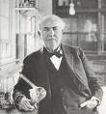



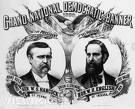
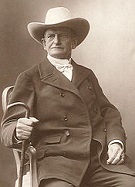


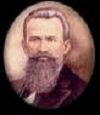


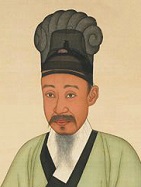








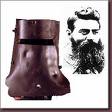







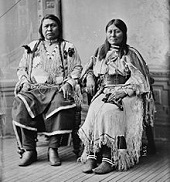



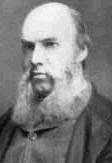




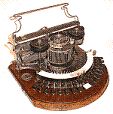













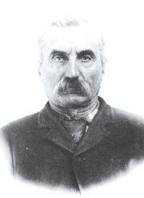



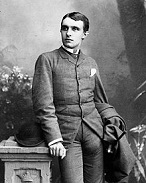




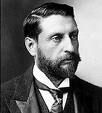
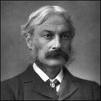






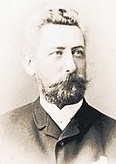
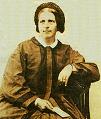
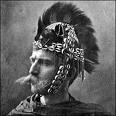
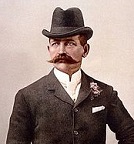

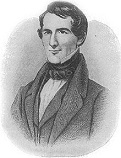

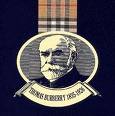



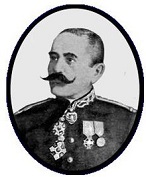
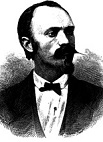
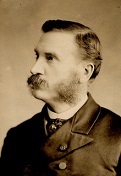
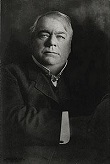




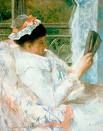
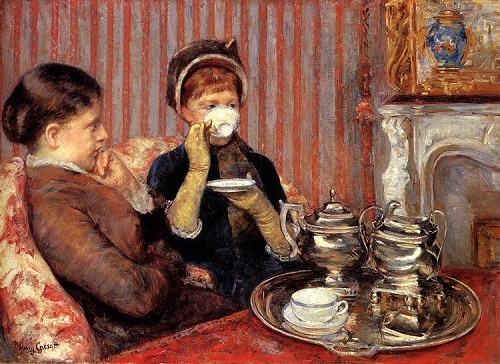

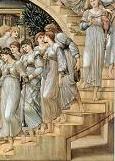

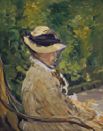

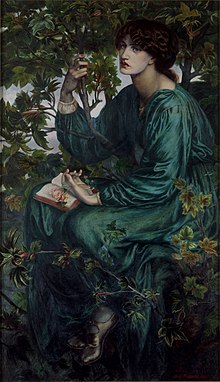
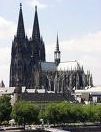



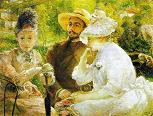
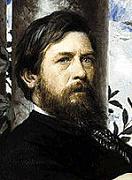
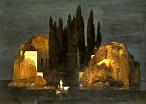

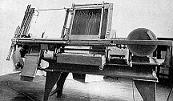

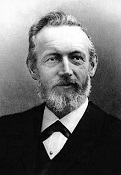

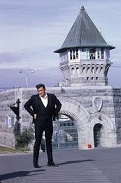


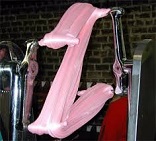
1880
The Tenth (10th) U.S. Census
reports the total pop. as 50,155,783 (16.9 per sq. mi.); pop. of New York City: 1.167M, London: 3.3M, Paris: 2.2M, Berlin: 1.1M, Vienna: 1.0M, Tokyo: 0.8M,
St. Petersburg: 0.6M. Pop. of Guatemala: 1.225M.
The heaviest decade for German immigration to the U.S.: 1.5M (250K in 1882); there are now 250K Jews in the U.S., most of them of German origin.
In this decade more than 5.2M immigrants arrive in the U.S., mostly from E Europe incl. many non-Protestants, causing an increasing split with the old immigrants; most of them stay in
New York City, increasing its pop. by 25%, resulting in vast areas filled with slums; in 1889 an elevated railway is built in the Bowery, accelerating its slide into slums, allowing pioneer
photojournalist Jacob Riis to shock the country with his 1890 pub. "How the Other Half Lives: Studies among the Tenements of New York".
Railroad mileage in operation: U.S.: 87.8K, Britain: 17.9K, France: 16.4K, Russia 12.2K.
The third wave of immigrants arrives in Hawaii (ends 1930) to work on sugar cane and later pineapple plantations owned by Europeans and Americans; the first workers
are Chinese, followed by Japanese, Okinawans, Koreans, Puerto Ricans, Portuguese, and Filipinos.
Starting in this decade, Mary becomes the most popular baby name in the U.S. (until the 1950s).
In this year the word sesquicentennial (150 years) is coined.
In this decade the wild cow towns and mining towns in the Am. West (incl. Deadwood, S.D.) begin to tame down as farmers, homeowners, businessmen, and churchgoers start taking over;
famed Am. West explorer John Wesley "Wes" Powell (1834-1902)
begins lobbying Congress to redraw state boundaries
along watersheds and end freewheeling distribution of land to prevent speculation and failed small homesteads.
In this decade the term tramp steamer (tramper) is coined for a ship that services the spot market instead of a fixed schedule.
In this decade Mandarin oranges
begin to be imported to the U.S. by Japanese immigrants after the Nov. harvest, traveling from W to E in orange boxcars, causing Americans to start stuffing Xmas stockings
with them to represent the gold coins or balls of St. Nicholas; during WWII importation from Japan is suspended, then resumed after the war, with the name changed to mandarin to sound Chinese.
On Jan. 19 (early a.m.) African-Am. man Arthur Jordan
is lynched by the KKK in Warrenton, Va. for eloping with white woman Elvira (Lucille) Corder, daughter of his farmer boss Nathan Corder.
On Jan. 31 British training ship HMS Atlanta leaves Bermuda with 290 crew, and is never heard from again.
In Jan. shifty-eyed Manhattan, N.Y.-born Billy the Kid (Henry McCarty) (William H. Bonney) (1859-81)
kills gunfighter Joe Grant in a gunfight in Ft. Summer, Lincoln County, N.M. after Billy asks to see Grant's Colt in Hargroove's Saloon, fixing it to insure that the first chamber is empty.
On Feb. 2 the first electric streetlight is installed in Wabash, Ind.,
which on Mar. 1 becomes the electrically-lit city on Earth; some New York streets are lit by electricity this year, and Broadway by 1882.
On Feb. 4 the Black Donnelly Massacre
in Buddulph Township, Middlesex County, Ont., Canada sees an armed mob kill five members of the Black Donnellys Irish family;
despite two trials, no one is convicted.
On Feb. 24 the SS Columbia
is launched on the Delaware River in Chester, Penn.; on May 22 it is lit up for the first time at the foot of Wall St. in New York City,
becoming the first outside usage of Edison's incandescent light bulb.
In Feb. Science: A Weekly Record of Scientific Progress is founded by John Michaels with financial backing from
Thomas Edison and Alexander Graham Bell, becoming the official journal of the Am. Assoc. for the Advancement of Science in 1900, reaching 130K subscribers and 570K readers by modern times.
On Mar. 1 the U.S. Supreme (Waite) Court rules 7-2 in Strauder v. W. Va.
that people can't be excluded from juries solely because of their race as a violation of the Equal Protection Clause, becoming the first time the court reverses a state criminal conviction
for violating a constitutional provision concerning criminal procedure.
On Mar. 24 the U.S., Britain and Germany recognize king (malietoa) (since 1860) Talavou Tonumaipe'a (1810-80)
as king of Samoa in exchange for trading rights; he then dies, and his nephew Malietoa Laupepa (1841-98)
succeeds as king (malietoa) of Samoa (until 1880), with an exec. council representing the three Euro powers.
On Mar. 29 the French Third Repub. orders all unauthorized religious assocs. to get authorized within 3 mo., and orders the
dissolution and dispersion of the Jesuits with 3 mo., and the dissolution of all religious teaching assocs. within 6 mo.
On Apr. 18 after William Ewart Gladstone comes out of retirement (since 1874) and stands for MP in Midlothian Scotland, home of the
super-rich Earl and Countess of Rosebery, who finance his Midlothian Campaign
(first modern political campaign?), making the overextension of imperialism the issue, while Benjamin Disraeli attempts to make it the
Irish question, the Liberal Party defeats Disraeli's Conservative Party, and on Apr. 23 Gladstone becomes British PM for the 2nd time
(until June 9, 1885), immediately seeking to appease the Boers;
"The infamy of Lord Beaconsfield's [Disraeli's] policy is only equalled by the villainy with which he has carried it out" (Gladstone);
Lord Rosebery dicks around trying to get appointed as lord privy seal without it looking like payback, while Gladstone tells him he's
not qualified, and gets nowhere until his cagey Jewish wife Hannah intervenes and gets it for him in 1885.
In Apr. the Calif. state legislature mandates the U. of Calif.
to establish instruction and research programs in viticulture and enology to help turn Calif. into a major internat. player in the wine business;
it is shut down during Prohibition and reopened in 1935; in 1958 it does ditto for beer brewing, with an experimental brewery dedicated on Dec. 8;
the first teacher is T.O.M. "Tommy" Nakayama, followed in 1964 by Michael Lewis; in 1999 Charlie Bamforth becomes the Anheuser-Busch prof. of malting and brewing sciences.
On Apr. 19 Swedish PM Louis De Geer resigns ove the defeat of his defense reform bill, and Count
Arvid Rutger Fredriksson Posse (1820-1901) becomes PM of Sweden (until June 13, 1883).
On Apr. 19 the Aristotelian Society for the Systematic Study of Philosophy is founded at
17 Bloomsbury Square in London, England; pres. #1 (1880-94) is Shadworth Hollway Hodgson (1832-1912);
Bertrand Russell becomes pres. #8 in 1911-13.
On Apr. 23 Liberal former PM (1868-74) William Ewart Gladstone (1809-98) becomes PM of Britain again (2nd time) (until June 9, 1885).
On May 22 the U.S.-Korean Treaty of Amity and Commerce
is signed, negotiated by Li Hongzhang of China and U.S. Capt. Robert Shufeldt, opening Korea to the U.S. with trade and extraterritoriality rights,
causing xenophobes to turn to Obi-Wan, er, Taewon-gun (Heungseon Daewongun) (1820-98),
"the Great Archduke" as their only hope.
On June 2-8 the 1880 Repub. Nat. Convention
sees former U.S. pres. Ulysses S. Grant lead on the 1st ballot over James G. Blaine of Maine, the Half-Breed Candidate, until on the 36th
ballot Blaine and former Ohio Sen. John Sherman (brother of Gen. William Tecumseh Sherman) (who failed in his bid for the nomination, then
becomes his campaign mgr.) throw their support to dark horse Civil War Maj. Gen. and Ohio rep. (who had just been elected to the U.S. Senate)
James A. Garfield, who agrees to appease the Repub. Stalwarts (Old Guard) by backing New York boss Roscoe Conkling follower (former New York City
port collector) Chester A. Arthur; speaking of half-breed, half-white half-black former U.S. Miss. Sen.
Blanche Kelso Bruce (1841-98) wins eight votes for vice-pres., becoming the first African-Am. to win any votes
at a major party's pres. convention; on June 22-24 the 1880 Dem. Nat. Convention
nominates incorruptible Gettysburg hero Gen. Winfield Scott Hancock (1824-86)
for pres. and former Indiana rep. (1853-61) William Hayden English (1822-96)
for vice-pres.; the boring campaign is mainly a referendum on the Repubs.' relaxation of Reconstruction, plus the Repubs. back higher tariffs while the Dems. back lower tariffs.
On June 29 France annexes Tahiti, and king (since 1877) Pomare V is pensioned off, going on to drink himself to death in 1891.
In June the first pay telephones are installed in an office building in New Haven, Conn.; an attendant collects the money until
the invention of coin telephones in 1899.
In June the 14th Belmont Stakes features the first post parade in the U.S., instead of going directly from paddock to post.
On July 11 the French govt. grants the Communards amnesty, giving working-class orgs. and Socialists a break.
On July 14 after feasts in Paris in 1878-9, Bastille Day
(La Fete Nationale) (Le Quatorze Jullet) becomes an official holiday in France to commemorate the storming of the Bastille in 1789.
On July 22 British puppet Abdul Rahman (Abd-al-Rahman) (Abdur Rahman) Khan (1844-1901),
a nephew of Shir Ali becomes amir of Afghanistan; on Sept. 1 the British win the
Battle of Kandahar (Baba Wali),
ending the Second Anglo-Afghan War (begun 1878), then pull out of the country when the new Liberal Gladstone cabinet begins meeting, ending the Second Anglo-Afghan War (begun 1878),
and leaving Afghanistan as an independent state; the withdrawal is complete by next year; Rahman goes on to survive four civil wars and 100 revolts by increasing the size and
funding of the army and centralizing control, while the British provide him with military supplies; he also builds bridges and roads to help unify his control.
On Sept. 10 after talking Bateke king Illoh Makoko into placing his kingdom under protection of the French flag, the city of
Brazzaville
on the N bank of the Congo River and the Pool Malebo (Stanley Pool) (Lake Nkunda) (modern-day pop. 1.8M) is founded by French explorer
Pierre Paul François Camille Savorgnan de Brazza (Pietro Paolo Savognan di Brazzà (1852-1905),
becoming the capital of the Repub. of the Congo; meanwhile in 1881 the city of
Leopoldville (later Kinshasa) on the S bank of the Congo River and the Pool Malebo opposite Brazzaville (modern-day pop. 11.8M),
named after Leopold II of Belgium is founded by Henry Morton Stanley in the Belgian Congo (modern-day Dem. Repub. of the Congo), becoming the 3rd largest urban area in Africa after
Cairo and Lagos, and 2nd largest Francophone urban area in the world after Paris; French is the official language, although Lingala (Bangala) (Bangi), Tshiluba, and Swahili are also spoken; in
1971-97 the Dem. Repub. of Congo is called Zaire.
On Sept. 12 The New York Times pub. an article
about "a man with bat's wings and improved frog's legs" seen at Coney Island.
On Sept. 18 The Kansas City Star (originally "The Kansas City Evening Star") is
founded in Kansas City, Mo. by William Rockhill Nelson (1841-1915) from Fort Wayne, Ind.
(son of Fort Wayne News Sentinel owner Isaac De Groff Nelson), selling subscriptions for 10 cents a week; in 1882 it launches the Weekly Kansas City Star,
followed in 1894 by the Sun. Kansas City Star; in Aug. 1902 future U.S. pres. Harry S. Truman works in the mailroom for two weeks for $7.00 and $5.40; writer
Ernest Hemingway works as a reporter from Oct. 1917 to Apr. 1918, getting style tips from editor C.G. "Pete" Wellington: "Use short sentences. Use short first paragraphs.
Use vigorous English. Be positive, not negative"; Nelson's daughter Laura Kirkwood (-1926) helps the employees purchase the newspaper, then sell it in 1977 to
Capital Cities, which is acquired in Jan. 1996 by Walt Disney, which sells it in May 1997 to Knight Ridder; in 1990 it becomes a morning newspaper; it goes on to win eight Pulitzer Prizes.
In Sept. after the Denver and Rio Grande Railroad drops negotiations with Animas City 2 mi. to the N, the town of
Durango, Colo.
on the Animas River in La Plata County in S Colo. (named after Durango, Mexico) is founded to serve the San Juan mining district.
On Oct. 1-Apr. 30 the Melbourne Internat. Exhibition
(world's fair) in Australia is held in the new 12K sq. ft. Royal Exhibition Bldg.
On Oct. 10 English-born polygamist (8 wives) John Taylor (1808-87)
becomes Mormon pres. #3 (until July 25, 1887), succeeding the late Brigham Young (d. Aug. 29, 1877), going on to fight the U.S. govt. over polygamy and lose,
going underground in 1885; this year he comes out swinging, with the soundbyte:
"God is greater than the United States, and when the Government conflicts with heaven, we will be ranged under the banner of heaven against the Government. The United States
says we cannot marry more than one wife. God says different."
On Oct. 12 Gen. Alejo Julio Argentino Roca Paz (1843-1914)
becomes pres. #8 of Argentina (until Oct. 11, 1886), going on to promote public works, sale of public lands, and foreign immigration, leading the
Conquest of the Desert (ends 1884)
to subdue the indigenous pop. of Patagona and prevent Chilean expansion there, killing 1K+ and displacing 15K before turning the area into a breadbasket.
On Oct. 18 after receiving help from native guide Chief Kowee and making the first major gold discovery in the panhandle in the Gastineau Channel at the base of
Mt. Juneau across from Douglas Island, Quebec-born miner Joseph "Joe" Juneau (1836-99)
and Irish-born miner Richard Tighe Harris (1833-1907)
found Juneau, Alaska (originally ROckwell) (modern-day pop. 32K/24K), taking 1K lbs. of gold ore back to Sitka;
Juneau replaces Sitka as the capital of Alaska in 1906; the city and borough incl. 3,255 sq. mi. of territory, as large as the states of R.I. and Del. combined.
On Oct. 27 New York City-born Harvard grad. Theodore Roosevelt (b. 1858) marries Mass.-born
Alice Hathaway Lee (1861-84),
whom he fell in love with at first sight, uttering the soundbyte "As long as I live, I shall never forget how sweetly she looked, and how prettily she greeted me";
they have no sons and 1 daughter, Alice Lee Roosevelt Longworth (1884-1980) in a tragically short marriage.
The Great American West Legend is pumped-up with the Town Too Tough to Die, not far from, you guessed it, Winslow, Arizona?
On Oct. 28 Crawfordsville, Ind.-born William "Curly Bill" Brocius (Brocious) (1845-82),
a member of the Clanton "Cow-Boys" is arrested for the drunken night shooting on Allen St. of
Fred White (b. 1849),
the first marshal of Tombstone, Ariz., who dies on Oct. 30, news of which is covered in the
Tombstone Epitaph, founded on May 1 by "White Chief of the Apaches"
John Philip Clum (1851-1932),
a former Rutgers U. divinity student, Indian agent, and owner of the Tucson Weekly Citizen
to compete with the weekly Tombstone Nugget (founded 1879);
when Curly Bill is acquitted because he was merely handing the marshal his gun and it was half-cocked and went off accidentally, and the dying marshal confirmed it,
the Earp-Clanton feud reaches a new level; the town has so much violence that Clum deliberately confines it to the column "Death's Doings";
Wyatt Earp from Dodge, Kan., appointed deputy sheriff earlier in the year by his brother and town marshal Virgil Earp gets their other brother Morgan Earp to join them,
and they and Wyatt's tuberculitic dentist friend and gambler Doc Holliday begin running the "town too tough to die".
On Oct. 30 the city of Tegucigalpa (Nahuatal "Taguz-galpa" = hills of silver) in SC Honduras (claimed by the
Spanish on Sept. 29, 1578) (modern-day pop. 1.1M) becomes the capital of Honduras; the twin city of Comayaguela lies on the opposite (W) bank of the Choluteca River - why does
that name give me goosebumps?
On Nov. 2 the 1880 U.S. Pres. Election
is a V for James A. Garfield with 4,446,158 popular votes and 214 electoral votes to Gen. Winfield Scott Hancock's 4,444,260
popular and 155 electoral votes (less than 2K votes, closest popular vote margin in a U.S. pres. election until ?); they each carry
19 states, and since the electors of Ga. cast their ballots on Dec. 8 rather than Dec. 1 like everybody else, they should have not
been counted, giving Hancock only 144?; James Baird Weaver of the Greenback Party comes in 3rd, and Neal S. Dow of the
Prohibition Party comes in 4th with 10,305 votes; Garfield almost sweeps all NOrthern states, while Scott's sweep of Southern states
cements Dem. Party dominance for generations.
On Nov. 9 (07:33 a.m.) the 6.3 Great Zagreb Earthquake
in Croatia damages many bldgs. incl. Zagreb Cathedral, and kills one.
On Nov. 11 after being captured after a gun battle on June 28 in Glenrowan, Victoria, Australian bushranger
Edward "Ned" Kelly (b. 1854),
known for wearing an armor helmet is hanged for murdering three policemen at Old Melbourne Gaol, becoming a folk hero.
On Dec. 1 pro-Diaz Gen. Manuel Gonzalez (1833-93)
becomes pres. of Mexico (until Nov. 30, 1884).
On Dec. 20 the First Boer War
begins (ends Mar. 23, 1881) when the Cape Parliament rejects Britain's scheme for South African
federation, and the Boers revolt over British annexation of the Transvaal, where they
had gone to live their strict white supremacist religious lifestyle without interference; the
Transvaal (South African) Repub.
is reestablished in Dec. under CIC of Transvaal forces (since 1864) Gen.
Stephanus Johannes Paulus "Paul" Kruger (1825-1904) (Oom Paul).
On Dec. 21, 1880 Newark, Ohio-born U.S. Civil War Brig. Gen. William Burnham Woods (1824-87)
becomes U.S. Supreme Court justice #45 (until May 14, 1887) to replace William Strong (1870-80), leaving the court at nine members;
he goes on to reject the applicability of the Bill of Rights to the states - now throw me a pitch like we're outside?
On Dec. 21 the French govt. passes the Camille See (Sée) Law,
establishing a secondary education program for girls to strengthen their roles as wives and mothers ("duties to God"), and declaring abstract skills
to be something they have no use for - thigh strengtheners provided?
In Dec. Sir William Matthews Flinders Petrie (1853-1942)
(a trained surveyor) arrives in Egypt, where he begins making careful measurements of the Great Pyramid, exploding peoples' pet theories about it, finding that it
contains no mystical secrets but is just a monument to a pharaoh; he is eventually involved with digs at 50 sites and teaches at Univ. College in London for 40 years.
In Dec. after lobbying Congress for 10 years based on the pension they voted for Mary Todd Lincoln in 1870,
Julia Tyler (d. 1889) gets them to vote her a $1.2K a year pension despite her work for the Confederacy in the U.S. Civil War.
The French cabinet falls, and PM Jules Ferry forms a new one which lasts until next year (1881).
Gen. Bernardino Caballero de Anasco (Añasco) y Melgarejo (1839-1912),
founder of the Colorado Party stages a coup and becomes pres. of Paraguay (until 1886), privatizing much of the land to raise money.
After terrorists plant a bomb in the Winter Palace (the 2nd attempt on the tsar's life), a new dept. of state police is created in Russia, and Russian-Armenian gen.
Mikhail Tarielovich Loris-Melikov (1826-88)
is appointed interior minister (until 1881) to formulate a pretend policy of concessions to appease revolutionaries, giving the state police time to make them disappear?
A new 1880 Bolivian Constitution is promulgated in Bolivia, land of perpetual civil war, vesting executive power in a pres. elected for
four years instead of life like in the 1826 constitution; meanwhile after battles killing 5K soldiers, Chile occupies Arica and Tacna.
The 1880 Leadville Miners' Strike in Colo.
sees workers led by Michael Mooney demand higher wages and an 8-hour workday and go on strike, getting so violent that chicken Colo. gov. (1879-83) Frederick Walker Pitkin has
lt. gov. Horace Tabor order the militia in while he skips to Cheyenne, Wyo. to avoid the heat in case it proves unconstitutional.
Uncompahgre Ute chief Ouray ("arrow") (b. 1833)
leads a delegation of Ute chiefs from W Colo. (incl. Chief Ignacio of the Southern Utes, and Woretsiz of the Tabeguache Utes) to Washington, D.C. to testify before Congress
about the 1879 Ute Uprising in an attempt to secure a treaty for allowing them all to stay in Colo., meeting with Pres. Hayes, who calls him "the most intellectual man I've
ever conversed with", and also with Pres. Grant; too bad, they want them cleared out to make way for white settlers, and the treaty agrees to removal of only the White River
and Tabeguache Utes to Uintah Basin in Utah; and on Aug. 24 he dies near the Los Pinos Indian Agency in Colo., after which The Denver Tribune pub. an obituary containing
the soundbyte: "In the death of Ouray, one of the historical characters passes away. He has figured for many years as the greatest Indian of his time, and during his life
has figured quite prominently. Ouray is in many respects... a remarkable Indian... pure instincts and keen perception. A friend to the white man and protector to the Indians
alike", and The Denver Post pub. a eulogy in 1928 containing the soundbyte:
"He saw the shadow of doom on his people. He sought peace among tribes and whites, and a fair shake for his people, though Ouray was dealt a sad task of liquidating a
once-mighty force that ruled nearly 23 million acres of the Rocky Mountains."
The Free Mash-Tun (Inland Revenue) Act
is passed in Britain, changing the taxation emphasis from malt to beer, removing the 1660 tax on malted barley and leaving brewers free to use other ingredients, incl.
sugar in England and unmalted barley in Ireland.
A Japanese legation is opened in Seoul, Korea.
Thomas Power "Tay Pay" O'Connor (1848-1929)
of Charles Stewart Parnell's Home Rule League is elected as a British MP for Galway, going on in 1885 to become the first Irishman to be elected to sit for an English borough outside
Ireland (Liverpool), remaining in office for 49 years 215 days, becoming known as "Father of the House of Commons".
Sultan Abdul Hamid II sets up the Ottoman Ministry of Police,
putting the Ottoman Empire under an oppressive secret police state with armies of spies, and censorship of everything incl. the very words "liberty", "constitution", and "assassination".
British Gen. Charles George "Chinese" Gordon, gov.-gen. of Sudan since 1873 resigns in disgust after the British govt. issues the soundbyte:
"Her Majesty's Government are in no way responsible for operations in the Sudan", giving the dominant Arab minority its big chance.
The Oregon Trail is used to drive 200K cattle to the railroad junction of Winnemucca, Nev.,
which becomes a new Dodge City; about this time cowboys learn to eat the tough beef (they are given the worst cuts) by inventing
barbecue (BBQ).
The Santa Fe Trial (pioneered in 1821) is supplanted by the Santa Fe Railroad,
which also supplants the Camino Real (built 1598) next year when it is extended S from Albuquerque, N.M. through Las Cruces, N.M. (instead of Mesilla, causing it to decline).
The town of Winslow, Ariz. (Navajo name Beeshsinil = "iron lying down") 58 mi. E of Flagstaff in the
high plateau country of NE Arizona (4,850 ft.) in the Little Colorado River Valley ) (modern-day pop. 10K) is founded as a div. point for the Santa Fe Railway, named
after prospector T.L., er, Tom Winslow and/or Augusta, Maine-born
U.S. Civil War Union Gen. Edward Francis Winslow (1837-1914),
pres. of the St. Louis & San Francisco Railroad, which passes through; it is incorporated in 1900.
The term "boycott" is coined when British land agent Capt. Charles Cunningham Boycott (1832-97)
in Mayo, Ireland is boycotted for refusing to accept rents fixed by his tenants and evicts them.
New York City-born Theodore Roosevelt (b. 1858) joins the Repub. Party.
Am. "March King" John Philip Sousa (1854-1932)
becomes the conductor of the U.S. Marine Band in Washington, D.C. (until 1892).
The bovine disease rinderpest
leads to famine in East Africa.
Russian Tsar Alexander III begins building the 5K-mi.
Trans-Siberian Railway (Railroad)
(finished 1904), the world's longest railroad, becoming the largest civil works project since the Great Pyramid of Giza; too bad, it
becomes a corruption-ridden boondogle that costs over 1B rubles and bankrupts the monarchy, ending up carrying political prisoners and
military supplies instead of trade goods; in 1907 Russia rolls over its debts, and only small investors can be found to subscribe to the new loans,
and the Russian empire goes on an irreversible downhill slide to 1918.
British entrepreneur Cecil John Rhodes (1853-1902)
(an Illuminati?) forms the De Beers Mining Co.,
with ideas of a White Man's Africa dancin' in 'is 'ead; meanwhile rival Randlord
Barney Barnato (1852-97)
founds the Barnato Diamond Mining Co. - Cecil
fit the battle of Barnato?
Improvements in transportation, manufacturing, and packaging lead to the selling of the first nationally-branded products in the U.S. in this
decade, causing advertising agencies begin to grow.
The Southern U.S. tobacco crop finally regains its prewar levels.
After the U.S. Navy has deteriorated since the Civil War to 37 principal ships, 33 of them made of wood and powered by sail, ranking
12th in the world, Capt. Alfred Thayer Mahan (1840-1914)
and his following of junior officers begin to lobby Congress to modernize it.
In this decade Berlin, Germany police commissioner
Leopold von Meerscheidt-Hullesem
allows Gay Berlin to blossom, incl. counseling to gay blackmail victims - by putting one
leg in front of the other, you can walk?
In this decade the site of modern-day Hollywood, Calif. becomes a Mormon community, separated from Los Angeles by a 2-hour train raid, er, ride.
Economist Henry Fawcett (1833-84)
becomes British postmaster-gen. (until 1884), going on to introduce parcel post, postal orders, and licensing charges to
permit pay phones and trunk lines.
Imprisonment for debt in Scotland is abolished, causing Holyrood Church to not be needed as a safe refuge anymore.
By this year the state of Colo. has 50 skiing mail carriers.
Norwegian mountaineers begin using skis.
The city of Long Beach, Calif. 20 mi. S of Los Angeles (modern-pop. 462K/17.8M)
is founded by William E. Willmore,
who buys 4K acres of the Rancho Los Cerritos from Jotham Bixby, "the Father of Long Beach",
then tries to create the farming community of Willmore City, fails, and sells out to a Los Angeles syndicate; it is incorporated on Dec. 13, 1897, later
becoming known as "Iowa by the sea" for its major immigrant group.
The city of Pierre, S.D.,
named after St. Louis, Mo.-born fur trader Pierre Chouteau Jr. (Pierre Cadet Chouteau) (1789-1865)
is founded on the E bank of the Missouri River opposite Fort Pierre (founded 1832)
in the geographic center of the state, becoming the capital of S.D. on Nov. 2, 1889 after defeating rival town Huron.
English mountaineer Edward Whymper (1840-1911)
becomes the first to climb 20.5K-ft. Mt. Chimborazo in the Andes in C Ecuador.
After breaking off his affair with fellow poet Paul Verlaine in 1873, then moving to London, Java, and Cyprus, gay French poet
Jean Nicolas Arthur Rimbaud (1854-91)
moves to Aden, Yemen to work for the Bardey Agency, moving to Harar, Ethiopia to run its offices before quitting to become a merchant in
coffee and fiemarms, helping arm the Negus of Shewa, who later becomes Emperor Menelik II, and becoming friends with the Gov. of Harar
Makonnen Wolde Mikael, father of future emperor Haile Selassie, becoming the first Euro to export Ethiopian coffee from Harar, the first
to do business there, and the 3rd to set foot in the city.
In this decade the "Tumblin'" Tumbleweed,
Amaranthus graecizans (Russian thistle) ("romantic symbol of the Am. West") arrives on the Am. Great Plains from seeds imported
by accident from Russia by German Mennonite farmers, who had gone there on a promise of religious toleration only to find the Russian govt.
renege and have to return to the U.S., settling in Kan. and Neb.; liking the hardy Russian wheat, which can't be legally exported, they
sneak it through in bags sewed into their clothes and in flax bales, and the tumbleweed seeds ride along;
by 1900 they cover the prairies from S Canada to N Tex., and W to the Rockies, each root system producing a new plant each year, which dies,
blows away, and begins tumbling, spreading 10M seeds with each hop; the dry weeds stack up against bldgs., becoming a fire hazard, and
totally foul carpets and mattresses with their tiny stickers, but make great kites and wild horses for kids?
Danish-born Am. social reformer Jacob August Riis (1849-1914) uses burning magnesium powder in a frying pan as a flash to photograph
New York City slums after dark, twice setting a house on fire, and once torching his own clothes; his pictures convince his friend (N.Y. assemblyman 1881-3) Theodore Roosevelt to undertake social reforms.
The first modern beauty pageant takes place in Rehoboth Beach, Del., looking
for "Miss United States"; winner is Myrtle Meriwethers; the judges are Thomas A. Edison, Monsieur Banwart, and Del. Supreme Court Judge Samuel M. Harrington.
Gold Medal Flour wins a gold medal at the Cincinnati Exhibition, giving it its moniker.
Queen Victoria presents U.S. Pres. Rutherford B. Hayes with the Resolute Desk,
built from the timbers of the British ship HMS Resolute; he places it in the White House in Washington, D.C., becoming a favorite of every succeeding pres. except LBJ, Nixon, and Ford.
After the Egyptian govt. gives it as a gift, Cleopatra's Needle
arrives in New York City to a big celebration, with 9K Freemasons parading on Fifth Ave. with the pedestal, while the 69-ft. 220-ton shaft is dragged across Manhattan
from the banks of the Hudson River for 112 days and installed W of the new Metropolitan Museum of Art.
In this decade canned fruits and meats begin to appear in stores.
In this decade cast-iron toys begin to replace tin toys, and rule until the advent of plastic toys.
Early in this decade French painter Camille Pissarro (1830-1903), teacher of Paul Gaugin and Paul Cezanne experiments with Pointillism,
then returns to regular Impressionism; meanwhile Cezanne gives up Impressionism as too "mushy".
In this decade the Golden Age of Illustration
begins (ends 1925), with illustrators Edwin Austin Abbey (1852-1911),
Aubrey Beardsley (1872-98),
Edmund Dulac (1882-1953),
James Montgomery Flagg (1877-1960),
J.C. Leyendecker (1874-1951),
Maxfield Parrish (1870-1966),
Howard Pyle (1853-1911),
N.C. Wyeth (1882-1945)
et al. messing with readers' minds in books, mags., and posters.
In this decade Charles Staff
of Lismore, N.S.W., Australia plants the first commercial orchard of macadamia (AKA Queensland, Bush, Maroochi, Bauple) nut trees, named
after Scottish-born Australian scientist John Macadam (1827-65),
a colleague of German-born Australian botanist Baron Sir Ferdinand Jacob Heinrich von Mueller (1825-96),
who first describes them.
In this decade Mrs. C.M. Hampson
joins the Rocky Mt. News in Denver, Colo., becoming the first woman writer in the Am. West.
St. Elmo, Colo. (originally Forest City) in Chaffee County (elev. 9,961 ft.) on Chalk Creek in the Sawatch Range
of the Rocky Mts. 20 mi. SW of Buena Vista is founded, growing to 2K in the 1890s after gold and silver are found, with 150 patented mine claims incl. the
Mary Murphy Mine, which recovers $60M worth of gold; ; it begins to decline in the early 1920s; in 1922 the
Denver, South Park and Pacific Railroad discontinues service, and in 1952 it becomes a ghost town after the postmaster dies; in 1986 runoff from the Mary Murphy Mine kills 800K fingerling trout.
Case Inst. of Technology
in Cleveland, Ohio is founded by Leonard Case Jr. (1820-80); in 1967 it unites with Western Reserve U. (founded in 1826)
to form Case Western Reserve U.
Emerson College
in Boston, Mass. is founded by Unitarian minister Charles Wesley Emerson (1837-1908) as a "school of oratory".
London Guildhall School of Music and Drama in England is founded.
Owens College in Manchester, England (founded 1851) joins the federal Victoria U., going on to receive a charter on June 24, 1904 as
Victoria U. of Manchester; in 2004 it becomes the U. of Manchester.
The U. of Southern Calif. (USC)
is founded in Los Angeles, Calif; in 1965-? a member of each graduating class is nominated for an Oscar.
S.C.-born Princeton-educated Johns Hopkins U. Greek prof. Basil Lanneau Gildersleeve (1831-1924)
founds the Am. Journal of Philology,
showing that the bourgeois U.S. has everything?
In this decade Eephing,
In this decade Bananas are first grown in the U.S. by plantation owners from Jamaica.
a hiccupping rhythmic wheezing imitating hog and turkeys is originated by hillbillies in rural Tenn.
In this decade George Renninger (1815-91)
of Wunderle Candy Co. in Philadelphia, Penn. invents tri-colored (yellow at the wide end, orange in the middle,
white at the tip) Candy Corn (Kandy Korn)
(originally Chicken Feed) for sale during the Halloween season; in 1898 the Goelitz (later Jelly Belly) Candy Co. begins manufacturing them;
the Indian Corn (chocolate brown at the wide end) variety also becomes popular; farmers love its agrarian look?
In this decade Salt Water Taffy is invented by "Salt Water Taffy King"
Joseph F. Fralinger (1848-1927)
of Atlantic City, N.J., who entertains Boardwalk strollers by pulling it on a hook, then selling 5-cent bags; his recipe is refined by
Enoch James,
who mechanizes the pulling process; on Aug. 21, 1923
John Edmiston
obtains a trademark (#172,016) for salt water taffy, which is invalidated in 1925.
In this decade street vendors in San Antonio, Tex. begin selling Hot Tamales,
and their popularity with Anglos causes causes chili con carne to be sold in Alamo Plaza by Chili Queens (young Mexican senoritas) until the U.S. Army shuts them down as a health hazard in 1943.
Sports:
In this decade British factory workers begin to play soccer.
On May 30 the League of Am. Wheelmen is founded in Newport, R.I., becoming the first U.S. nat. bicycle society,
with membership peaking at 103K in 1898, declining to 8,692 in 1902, when it dissolves until 1942, reaching 614 members in 1945 before dissolving again in 1955, after which it reorganizes in 1965,
changing its name to the League of Am. Bicyclists in 1994, and peaking at 24K members in 1997.
On June 12 Sheffield, Ohio-born John Lee Richmond (1857-1929)
of the Worcester Ruby Legs (Worcesters) pitches the first-ever perfect game
against Cleveland in the NL; no ML pitcher achieves this feat more than once until ?
On Sept. 2 the first Night Baseball Game
is played in Nantasket Beach, Mass., with 36 carbon arc lamps giving off 90K candlepower; on June 2, 1883 the 2nd is played at League Park in Ft. Wayne, Ind. between
Methodist College and the Quincy Pros in front of a crowd of 2K; the field is illuminated by 17 4K-candlepower arc lights; the Pros win 19-11.
Irish-born Am. boxer Paddy Ryan (1851-1900),
"the Trojan Giant" defeats Joe Gross to win the heavyweight boxing (bare knuckle) title (until Feb. 7, 1882).
The first Test Match
between England and Australia is held in England.
The Orange Lawn Tennis Club
is founded in Britain, going on next May to help found the U.S. Lawn Tennis Assoc.,
which reaches 700K members by modern times.
The Cincinnati Tennis Club in Cincinnati, Ohio is founded, surviving to modern times.
Candlepin Bowling
is invented in Worcester, Mass. by Justin White; the balls are only 4.5" in diam., weighing the same as one candlepin, with no finger holes, and the 40 cm. (15-3/4 ") tall 76 mm (3") diam.
pins are not cleared between throws, making scoring more difficult; the highest official score is 245 out of 300 in 1984 by Ralph Semb.
In this decade billiards table manufacturer Brunswick Corp.
of Chicago, Ill. (founded 1845) expands into bowling balls, pins, and wooden lanes to sell to taverns installing bowling alleys, opening a large plant in Muskegon, Mich. in 1906 to
manufacture their hot new Mineralite bowling ball; it leaves the bowling business in 2014.
One word: pills?
Almond, Wisc.-born British entrepreneur Sir Henry Solomon Wellcome (1853-1936)
(known for advertising lemon juice as invisible ink at age 16) and Medina, N.Y.-born pharmacist
Silas Mainville Burroughs (1846-95)
found the Burroughs Wellcome Co.
in London, England, going on to trademark the word "Tabloid" and introduce medicine in tablet form imported from the U.S. to England, along with direct marketing to doctors,
incl. free samples; in 1955 it merges with Glaxo to become Glaxo Wellcome; Jan. 2000 it merges with SmithKline Beecham to become GlaxoSmithKline - we make ourselves
wellcome then burrough in?
Architecture:
On June 23 the 5-story 112'x125'x225' Gothic $750K Windsor Hotel
at 1777 Larimer St. in downtown Denver, Colo. opens, modeled after Windsor Castle in England, constructed of Fort Collins sandstone and Colorado Springs rhyolite, becoming
the city's first luxury hotel, flying the U.S. flag from its main turret, and the Union Jack and Windsor Castle flags from smaller turrets; a room costs $2/night,
or $2.50 with a bath; the hotel has an elevator, and its own farm with imported cows, and hunters who bring in wild game; the bartender of the Bonanza Bar is Harry Tammen,
who later co-founds The Denver Post with Fred Bonfils; the Cattleman's Room is used by state senators to conduct legislative work, and features a public gaming room;
the Suicide Staircase is used by losing high-rollers, and features a stair post that casts a Devil's head shadow on the wall; co-owner Horace Tabor houses his babe Baby Doe
in the luxury suite, which features a gold-leaf bathtub, a 1.5K lb. hand-carved walnut bed and matching dresser, marble fireplace from Italy; the grand ballroom features
a $50K floating dance floor suspended by cables (first in the U.S.); guests incl. Mark Twain, Marie Dressler, Robert Louis Stevenson, John L. Sullivan, Sir Henry M. Stanley,
Sarah Burnhart, Lillian Russell, and U.S. presidents Ulysses S. Grant, Grover Cleveland, Theodore Roosevelt, and William Howard Taft, who gets stuck in Baby Doe's bathtub;
by the 1930s the area becomes Denver's Skid Row, and the Windsor Hotel becomes known as "the only flophouse in the world with a marble fireplace in every room"; it is
demolished in 1960.
Folsom State Prison
in Calif. on the site of the Stony Bar mining camp on the American River 20 mi. NE of Sacramento opens, becoming known for dark stone cells; in 1895 it
becomes the first prison in the U.S. with er, electricity from the new Folsom Power House; on
Dec. 13, 1895 it hangs its first prisoner, followed by 92 more by Dec. 3, 1937, after which Calif. executions are transferred to the gas chamber
in San Quentin; on Jan. 13, 1968 Johnny Cash performs two shows, which are released as an album, featuring the hit song "Folsom Prison Blues".
The Royal Albert Dock
on the Thames River is completed, claiming to be the finest dock system on Earth.
Cologne Cathedral
(begun 1248) is completed - the wages they paid weren't so good?
In this decade the Schottenkirche
(Scottish Church) in Vienna (founded 1177 by the Irish Benefictines) is rebuilt; Adolf Hitler later becomes fond of painting it.
Weisensee Cemetery for Jews in East Berlin is founded, going on to become the 2nd largest Jewish cemetery in Europe, with 115K graves.
Inventions:
On Jan. 27 Am. inventor Thomas Alva Edison (1847-1931)
receives a patent for his electric incandescent lamp (lightbulb).
The first cardboard beermats (coasters) are marketed by the Friedrich Horn printing co. of Germany; on Oct. 25, 1892
Robert Ludwig Sputh (1843-1913) of Dresden patents the first beermat made of wood pulp, which are introduced to the U.K. in 1920 by Watney Brewery.
80-proof Grand Marnier orange-flavored liqueur is invented by
Alexandre Marnier-Laposolle of France,
made of cognac brandy, bitter orange, and sugar.
After the U.S. Congress abolishes it in 1870, the U.S. Patent Office (founded 1790) drops the requirement for a
patent model.
About this time the Dover Egg Beater
is introduced; after an 1895 ruling disallowing the Dover trademark,
Meringue
becomes a rage in the West by the early 1900s.
Responding to a $75K reward, James Albert Bonsack (1859-1924)
of Va. develops the Bonsack Machine
(U.S. patents #238,640 and #247,795 in 1881), the first machine for making yummy-sexy cigarettes;
in 1884 devout Methodist James Buchanan "Buck" Duke (1856-1925)
of Durham, N.C. buys two Bonsack machines and produces 744M cigarettes by the end of the year, underselling all competitors and creating
a monopoly with his Am. Tobacco Co. - a greater mass murderer than Attila the Hun?
English draper Thomas Burberry (1835-1926) of Basingstroke invents
Gabardine,
using weatherproofed yarn to make it water-resistant, tough, and breathable; he patents it in 1888.
Andrew Carnegie develops the first large steel furnace.
The Paige Typesetter
is invented by James W. Paige,
attracting a $300K investment by Mark Twain; too bad, by 1894 the Linotype kills it, leaving Twain strapped.
Stephen Dudley Field invents a dynamo quadruplex telegraph.
Am. journalist James Bartlett Hammond (1839-1913)
of Vt. patents one of the first typewriters constructed on scientific principles with a typewheel and true alignment,
and begins marketing it in 1884, making a fortune.
English geologist John Milne (1850-1913)
(whose portrait bears a striking resemblance to Am. comedian Dick Smothers (1939-)?)
invents the Smothersgraph, er, Seismograph.
Dayton, Ohio saloon owner
Am. decorative artist Louis Comfort Tiffany (1848-1933)
obtains a patent for a glass which changes colors with light, and goes on to design cool lamps using it - do they holly golightly?
The British Perforated Paper Co. sells the first commercial
Toilet Paper;
it comes in squares in a box, not rolls.
James Wimshurst (1832-1903)
of England invents the Wimshurst Machine
(an electrostatic generator), but fails to patent it.
The Petite Sirah (Durif) red wine grape,
known for its spicy plummy flavor is created by crossing Syrah with Peloursin.
Science:
The U.S. NASA Goddard Inst. for Space Studies (GISS) backdates its global avg. temperature (GAT)
baseline to measure CO2-caused global warming.
Alexander Graham Bell discovers that solids can emit sounds when exposed to sunlight, infrared, or ultraviolet radiation.
 German chemist Richard August Carl Emil Erlenmeyer (1825-1909)
formulates the Erlenmeyer Rule,
that alcohols which have a hydroxyl group directly attached to a double-bonded carbon atom become aldehydes or ketones.
French physician Charles Louis Alphonse Laveran (1845-1922)
discovers the parasite that causes malaria after being sent to Algeria to study it in 1878, winning the 1907 Nobel Med. Prize.
French Egyptologist Gaston Camille Charles Maspero (1846-1916)
is sent to Egypt as the head of the new Institut Francais d'Archeologie Orientale,
and when Auguste Mariette (b. 1821) dies next Jan. 19 he also becomes dir. of the Egyptian Museum in Cairo, going on to work at Saqqara,
arrest the tomb-robbing Abd al-Rassul brothers, who confess under torture to finding the royal mummies at Deir el-Bahri in July 1881,
and supervise efforts to uncover the Sphinx in 1886; in 1881 he coins the term "Sea Peoples".
Louis Pasteur discovers a vaccine for chicken cholera; the first successful immunization of livestock against anthrax is performed.
Nonfiction:
Matthew Arnold (1822-88), The Study of Poetry;
the first articulation of the concept of the Historian's Fallacy
(coined in 1970 by David Hackett Fischer); "The course of development of a nation's language, thought, and poetry, is profoundly interesting;
and by regarding a poet's work as a stage in this course of development we may easily bring ourselves to make it of more importance as poetry than in itself it really is, we may come to
use a language of quite exaggerated praise in criticising it; in short, to overrate it. So arises in our poetic judgments the fallacy caused by the estimate which we may call historic."
Walter Bagehot (1826-77), Economic Studies (posth.).
Sir John Charles Bucknill (1817-97), Care of the Insane and their Legal Control.
Verney Lovett Cameron (1844-94), Our Future Highway to India; proposes a railway from Tripoli to India.
Laurence Gronlund (1846-99), The Coming Revolution: Its Principles; Socialism is inevitable in the U.S.?
Albert Kalthoff (1850-1906), The Life of Jesus: Lectures given to the Protestant Reform Club of Berlin.
Moritz Kantor (1829-1920), Vorlesungen uber Geschichte der Mathematik (Investigations in the History of Mathematics) (3 vols.) (1880-98);
covers to the year 1758 (Lagrange).
John Caird (1820-98), Introduction to the Philosophy of Religion.
J.J. Clayton, Quaker Cookbook; female author wears men's business clothes?
Anthony Comstock (1844-1915), Frauds Exposed.
Thomas McIntyre Cooley (1824-98), The General Principles of Constitutional Law in the United States of America; 2nd ed. 1891; 3rd ed. 1898; becomes a std. textbook.
Charles Darwin (1809-82) and Francis Darwin (1848-1925), The Power of Movement in Plants;
proves that seedlings grow toward the light.
Camille Flammarion (1842-1925), Astronomie Populaire (Popular Astronomy); bestseller;
"What intelligent being, what being capable of responding emotionally to a beautiful sight, can look at the jagged, silvery lunar crescent trembling in the azure sky, even through
the weakest of telescopes, and not be struck by it in an intensely pleasurable way, not feel cut off from everyday life here on Earth and transported toward that first stop on the
celestial journeys?... Yes, indeed, if humankind, from humble farmers in the fields and toiling workers in the cities to teachers, people of independent means, those who have reached
the pinnacle of fame or fortune, even the most frivolous of society women, if they knew what profound inner pleasure await those who gaze at the heavens, then France, nay, the whole of Europe,
would be covered with telescopes instead of bayonets, thereby promoting universal happiness and peace."
Leon Gambetta (1838-82), Discours et Plaidoyers Politiques de Gambetta (11 vols.) (1880-5).
Thomas Henry Huxley (1825-95), Science and Culture.
Samuel Pierpoint Langley (1834-1906), The Temperature of the Moon: from Studies at the Allegheny Observatory;
based on his attempts to determine the surface temp of the Moon by measuring infared radiation reaching the Earth, using the angle in the sky to estimate CO2 and water vapor in the Earth's atmosphere,
Charles Godfrey Leland (1824-1903), The Minor Arts.
Henry Rowan Lemly, Among the Arapahos (mag. article).
Cardinal Henry Edward Manning (1808-92), The Catholic Church and Modern Society.
John Morris, The New Nation (5 vols.).
Laurence Oliphant (1829-88), The Land of Gilead;
after visiting Palestine in 1879, then going to Constantinople to unsuccessfully negotiate for a lease of the N half of the
Holy Land for Jewish settlement, then receiving funds from Christians, Jews, and Christadelphians to purchase land in Galilee,
he proposes Jewish settlement of Jordan under British protection while respecting Turkish sovereignty, with British support
of repatriation of Jews from E Europe and Russia, along with driving out "warlike" Bedouins and resettling Arabs in reservations a la America.
Louis Pasteur (1822-95), Sur les Maladies Virulentes;
first description of non-Jennerian vaccination along with more attributions of diseases to germs.
Walter Herries Pollock (1850-1926), The Poet and the Muse.
Sir William Mitchell Ramsay (1851-1930),
The history of freemasonry; from the building of the house of the Lord, and its progress throughout the civilized world, down to the present time.
Frederick William Salem, Beer: Its History and Its Economic Value as a National Beverage
(Hartford, Conn.); argues for beer as an alternative to whiskey to promote temperance, with the motto "Beer against Whisky"; contains a
complete listing of all 2,520 breweries in the U.S., and a breakdown of their production of 10.8M barrels/year.
John Gilmary Shea (1824-92), Bibliography of Hennepin's Works.
Algernon Charles Swinburne (1837-1909), Study of Shakespeare.
Mark Twain (1835-1910), A Tramp Abroad; his leisurely walk through Europe in 1878.
Music:
Edmond Audran (1842-1901), La Mascotte (operetta) (Paris); popularizes the term "mascot"; incl.
Que je Regrette mon Village,
Un Baiser c'est Bien Douce Chase.
Alexander Borodin (1834-87), On (In) the Steppes of Central Asia (symphonic poem).
Max Bruch (1838-1920), Kol Nidre.
Zdenek Fibich (1850-1900), Symphony No. 1 in F major, Op. 17, "The Tempest".
Ion Ivanovici (1845-1902), Waves of the Danube (AKA The Anniversary Song) (waltz); becomes one of the most famous Romanian tunes.
Calixa Lavallee (1842-91) and Sir Adolphe-Basile Routhier (1839-1920), O Canada; composed for the Saint-Jean-Baptiste Day (June 24) ceremony;
becomes the nat. anthem of Canada; English lyrics pub. in 1906.
Sir Hubert Parry (1848-1918), Choral Scenes from Shelley's Prometheus Unbound;
begins a renaissance in English classical music.
Franz von Suppe (1819-95), Donna Juanita (operetta) (Carltheater, Vienna) (Feb. 21).
Giuseppe Verdi (1813-1901), Ave Maria.
Art:
Arnold Bocklin (1827-1901), Isle of the Dead (4 versions) (1880-6).
Marie Bracquemond (1840-1916), On the Terrace at Sevres (Sèvres);
Woman with an Umbrella.
Sir Edward Coley Burne-Jones (1833-98), The Golden Stairs.
Alexandre Cabanet (1823-89), Phaedra.
Mary Cassatt (1844-1926), Woman Reading in a Garden;
The Tea; his sister Lydia and a guest in their Paris apt.;
The Cup of Tea.
Paul Cezanne (1839-1906), Chateau de Medan.
Jean-Leon Gerome (1824-1904), The Snake Charmer.
Nikolaos Gysis (1842-1901), The Barber.
Jule Joseph Lefebvre (1836-1911), Portrait of Julia Foster Ward.
Edouard Manet (1832-83), The Lemon;
Madame Manet; his wife Suzanne Leenhoff (1830-1906).
Berthe Morisot (1841-95), Young Woman at the Dance.
Camille Pissarro (1830-1903), The Outer Boulevards.
Sir Edward John Poynter, A Visit to Aesculapius.
Pierre-Auguste Renoir (1841-1919), Place Clichy.
Auguste Rodin (1840-1917), The Thinker (sculpture);
original name "The Poet"; supposed to be a portrait of poet Dante in front of the Gates of Hell pondering his Divine Comedy;
starts out as small plaster statue, then is cast full-size in bronze in 1902; in 1922 it is moved to the Hotel Biron in Paris,
which becomes the Rodin Museum;
The Gates of Hell (La Porte de l'Enfer) (sculpture) (unfinished);
supposed to be a portal to the Musee des Arts Decoratifs in Paris.
Edwin Lord Weeks (1849-1903),
Call for Jihad in the Cordova Mosque.
Plays:
Ludwig Ganghofer (1855-1920), The Crucifix Carver of Ammergau
(Der Herrgottschnitzer von Ammergau); big hit in Germany, launching his lit. career.
Pierre Loti (1850-1923), The Marriage of Loti (Rarahu)
(Le Mariage de Loti); pub. anon.; based on his experiences in Papeete, Tahiti in 1872, where he went native
and hooked up with hot babe Rarahu (a composite); his first big hit; inspires the 1883 opera "Lakme"
by Leo Delibes.
Steele MacKaye (1842-94),
Hazel Kirke (debut).
Arthur Wing Pinero (1855-1934),
The Money Spinner
(comedy); makes him a star.
Poetry:
Wilfrid Scawen Blunt (1840-1922),
The Love Sonnets of Proteus.
Robert Browning (1812-89), Dramatic Idylls: Second Series.
William Ernest Henley (1849-1903),
A Book of Verses
(debut).
Oliver Wendell Holmes Sr. (1809-94),
The Iron Gate and Other Poems.
Andrew Lang (1844-1912), Ballades in Blue China.
Henry Wadsworth Longfellow (1807-82), Ultima Thule.
Sir Lewis Morris (1833-1907), The Ode of Life.
Algernon Charles Swinburne (1837-1909), Songs of the Springtides; Studies in Song.
Alfred, Lord Tennyson (1809-92),
The Revenge;
Richard Grenville's 1591 flight with the Spanish fleet at Flores in the Azores;
"Sink me the ship, Master Gunner - / Sink her, split her in twain!"
Mrs. Mary Humphry Ward (1851-1920) and Thomas Humphry Ward,
English Poets
(1880-1).
Novels:
Edmond About (1828-85), Le Roman d'un Brave Homme.
Henry Brooks Adams (1838-1918), Democracy; pub. anon.; Madeleine Lee joins Washington society, sees how disgusting it is,
and utters the soundbyte: "Democracy has shaken my nerves to pieces."
Pedro Antonio de Alarcon (1833-91), El Nino de la Bola.
Thomas Bailey Aldrich (1836-1907), Stillwater Tragedy.
Herman Bang (1857-1912), Families Without Hope (Haabløse Slægter) (first novel); about a young man romancing an older woman, causing it to be
banned as obscene, making him more popular?
Walter Besant (1836-1901) and James Rice (1843-82), The Seamy Side (3 vols.).
Louis Henri Boussenard (1847-1910), Le Tour du Monde d'un Gamin de Paris.
Fernan Caballero (1797-1877), La Familia Albareda.
Lewis Carroll (1832-98), A Tangled Tale (Apr. 1880-Mar. 1885); 10 humorous stories.
Wilkie Collins (1824-89), Jezebel's Daughter.
Carlo Collodi (1826-90), Macchiette.
Moncure D. Conway (1832-1907), A Necklace of Stories.
Benjamin Disraeli (1804-81), Endymion.
Fyodor Dostoyevsky (1821-81), The Brothers Karamazov (Nov.) (last novel); intended it to be part 1 of "The Life of a Great Sinner";
about the struggle to hang onto God in the face of modern reason; daddy Fyodor Pavlovich and sons Dmitri (debauched), Ivan "Vanya" (rationalist),
Alyosha (monk), Pavel Fyodorovich Smerdyakov (illegitimate son of Stinking Lizaveta); jezebel Agrafena Alexandrovna Svetlova AKA Grushenka;
Dmitri's fiancee Katerina "Katya" Ivanovna Verkhovtseva; Father Zosima the Elder; schoolboy Ilyusha; Book 5 "Pro and Contra" contains the chapter "The Grand Inquisitor".
George Gissing (1857-1903), Workers in the Dawn (first novel).
H. Rider Haggard (1856-1925) and Andrew Lang (1844-1912), The World's Desire.
Thomas Hardy (1840-1928), The Trumpet-Major.
Joel Chandler Harris (1848-1908), Uncle Remus: His Songs and His Sayings: The Folk-Lore of the Old Plantation;
authentic African-Am. folk tales by an associate ed. of the Atlanta Constitution, based on stories told him by Uncle George Terrell, Old Harbert, and Aunt Crissy;
Br'er Fox builds a Tar-Baby, and Br'er Rabbit punches it and gets stuck; Br'er Bear; Br'er Rabbit begs Br'er Fox to hang, drown, or skin him, but not fling him into a briar patch;
filmed by Disney in 1946 as "Song of the South" starring James Baskett; followed by six sequels.
Margaret Wolfe Hungerford (1855-97), Beauty's Daughters.
J.K. Huysmans (1848-1907), Croquis Parisiens.
Jens Peter Jacobsen (1847-85), Nils Lyhne; an atheist's lack of faith is tested by life.
Henry James (1843-1916), Washington Square;
based on a story told him by Fanny Kemble.
Andrew Lang (1844-1912), The Red Fairy Book.
Heinrich Laube (1806-84), Die Bohminger.
Pierre Loti (1850-1923), The Romance of a Spahi
(Le Roman d'un Spahi); a French cavalry soldier in Senegambia (Senegal).
Guy de Maupassant (1850-93), Boule de Suif (Apr. 15) (short story); his masterpiece?;
a group of French citizens in the 1870 Franco-Prussian War groom a little ho to placate their German captors; first of 300 short stories written by Gustave Flaubert's
prize student over 13 years, pub. in Evenings at Medan (Les Soirées de Médan),
a collection of six short stories by different authors named after Emile Zola's house near Paris.
Catulle Mendes (1841-1909), Le Roi Vierge; Louis II of Bavaria and Richard Wagner.
George Meredith (1828-1909), The Tragic Comedians; life of Ferdinand Lasalle (1825-64).
Margaret Oliphant (1828-97), He That Will Not When He May;
The Beleaguered City.
Ouida (1839-1908), Moths.
Jose Maria Eca de Queiroz (1845-1900), The Maisas.
Edward Payson Roe (1838-88), A Day of Fate.
Johanna Spyri (1827-1901), A Note on Vrony's Grave (first book).
Anthony Trollope (1815-82), Ayala's Angels.
Throw realism out the window, it's Jeeezus?
Lew Wallace (1827-1905), Ben-Hur: A Tale of the Christ (Nov. 12); Heb. "Ben Hur" = "Son of white linen";
bestselling Am. novel until "Gone With the Wind" (1936); first work of fiction to be blessed by a pope,
Leo XIII; conceived after meetings with famous Am. agnostic Robert G. Ingersoll on a train in 1875; also inspired by Alexandre Dumas pere's "The Count of Monte Cristo" (1846); m
ainly written in the Palace of the Governors in Santa Fe, N.M., where he met William Bonney AKA Billy the Kid; its success turns Christian audiences on to theater and film;
Judah Ben-Hur, his enemy Messala, Valerius Gratus, his adoptive Roman father Quintus Arrius, his babe Esther, his house servant Simonides, Sheik Ilderim of Antioch, Balthasar and
his daughter Iras, Pontius Pilate and Jesus Christ, Egyptian maid Amrah.
Constance Fenimore Woolson (1840-94), Anne (first novel).
Julius Zeyer (1841-1901), Jan Maria Plojhar;
the tragic life of an artist who gave so much and suffered so much (him).
Emile Zola (1840-1902), Nana;
Les-Rougon-Macquart series (#9 of 20); streetwalking ho Nana Coupeau rises to high-class cocotte during the last three years of the French Second Empire.
Births:
Thai Chakri king #6 (1910-25) Rama VI Mongkutlao Vajiravudh
(d. 1925) on Jan. 1 in Bangkok; son of Rama V (1853-1910); educated at Christ Church College, Oxford U.
Am. "The Miracle Rider" cowboy actor Thomas Edwin (Hezikiah) "Tom" Mix
(d. 1940) on Jan. 6 in Mix Run (40 mi. N of State College), Penn.; his horse is named Tony.
Spanish PM #55 (1931-33), #63 (1936), and pres. #2 (1936-9) Manuel Azana (Azaña) Diaz
(d. 1940) on Jan. 10 in Alcala de Henares, Madrid; ducated at Univ. Complutense, and U. of Zaragoza.
Swiss clown Grock the Clown (Charles Adrien Wettach)
(d. 1959) on Jan. 10 in Reconvilier.
Am. "Manzarene Dreams" 5'9" gospel-blues singer (black) George Washington "Wash" Phillips
(d. 1954) on Jan. 11 in Freestone County, Tex.; plays the self-constructed Manzarene.
Am. Keystone Kops actor-dir. ("King of Comedy") Mack Sennett (Mikall or Michael Sinnott)
(d. 1960) on Jan. 17 in Danville, Quebec; Irish Roman Catholic immigrant parents.
Am. "His Family" novelist Ernest Poole
(d. 1950) on Jan. 23.
German writer-biographer (Jewish) Emil Ludwig (Cohn)
(d. 1948) on Jan. 25 in Breslau; emigrates to the U.S. in 1940; not to be confused with Emil Ludwig Fackenheim (1916-2003).
Am. actor-comedian (atheist) W.C. Fields (William Claude Dukenfield)
(d. 1946) on Jan. 29 in Darby (near Philadelphia), Penn.; English descent father, Protestant German descent mother; uses the name Mahatma Kane Jeeves when writing screenplays.
Am. 5-star gen. ("the Far Eastern General") Douglas MacArthur
(d. 1964) on Jan. 26 in Little Rock Barracks, Ark.; son of WWI
War Medal of Honor winner Arthur MacArthur (1845-1912); CIC of Allied forces in the SW Pacific in WWII.
Am. "Ruggles of Red Gap" actress Mary (Marie Anne) Boland
(d. 1965) on Jan. 28 in Philadelphia, Penn.
Am. labor leader, UMW pres. (1920-60), and CIO co-founder (1935)John Llewellyn Lewis
(d. 1969) on Feb. 2 in Lucas, Iowa; son of a Welsh miner; begins working in the coal mines at age 12, calling them "naked and elemental... a mortician's paradise".
German Der Blaue Reiter expressionist painter-printmaker Franz Marc
(d. 1916) on Feb. 8 in Munich.
Am. "John Wilkes in Gone With the Wind" actor-dir. Howard C. Hickman
(d. 1949) on Feb. 9; husband of Bessie Barriscale (1884-1965).
Canadian Capt. Francis Alexander Caron Scrimger
(d. 1937) on Feb. 10 in Montreal.
Am. Jesuit priest
John LaFarge Jr.
(d. 1963) on Feb. 13 in Newport, R.I.; son of John LaFarge Sr. (1835-1910).
Am. "Tol'Able David", "Three Black Pennies", "Java Head" novelist
Joseph Hergesheimer
(d. 1954) on Feb. 15 in Philadelphia, Penn.
Mexican pres. (1920-4) gen.
Alvaro Obregon (Álvaro Obregón) Salido
(d. 1928) on Feb. 17 in Siquisiva (near Navojoa), Sonora; starts out
as a chickpea farmer.
French "Lord Lyllian" novelist-poet (gay) Baron
Jacques d'Adelsward-Fersen
(d. 1923) on Feb. 20 in Paris; descendant of Swedish Count Axel von Fersen (1719-94).
U.S. commerce secy. #6 (1932-3) (Hudson Motors co-founder)
Roy Dikeman Chapin Sr.
(d. 1936) on Feb. 23 in Lansing, Mich; father of Roy D. Chapin Jr. (1915-2001).
British Conservative politician
Samuel John Gurney Hoare, 1st Viscount Templewood
(d. 1959) on Feb. 24 in London; descendant of Quaker Samuel Hoare Jr. (1751-1825);
educated at Harrow School, and New College, Oxford U.
English "Eminent Victorians", "Queen Victoria" writer-critic
Giles Lytton Strachey
(d. 1932) on Mar. 1 in London; educated at Trinity College, Cambridge U.; cousin-lover of Duncan Grant (1885-1978).
Swedish financier ("the Match King")
Ivar Kreuger
(d. 1932) on Mar. 2 in Kalmar.
Am. mathematician-chemist-biophysicist Alfred James Lotka
(d. 1949) on Mar. 2 in Lwow, Austria-Hungary (modern-day Ukraine); educated at the U. of Birmingham, Leipzig U., Cornell U., and Birmingham U.
Japanese diplomat
Yosuke Matsuoka
(d. 1946) on Mar. 3 in Hikari, Yamaguchi.
U.S. Maj. Gen.
George Veazey Strong
(d. 1946) on Mar. 4 in Chicago, Ill.
Am. eugenicist Harry Hamilton Laughlin
(d. 1943) on Mar. 11 in Oskaloosa, Iowa; educated at Princeton U.
English Dakin's Solution chemist Henry Drysdale Dakin
(d. 1952) on Mar. 12 in London; educated at the U. of Leeds, and Columbia U.
Am. silent film actor ("The Star of a Thousand Faces") Robert House Peters Sr.
(d. 1967) on Mar. 12 in Bristol, England; father of Robert House Peters Jr. (1916-2008).
German pres. (1920-45) Otto Meissner
(d. 1953) on Mar. 13 in Bischweiler (Bischwiller), Alsace.
Am. "Great Train Robbery" movie actor-producer (Jewish) Gilbert M. "Broncho" Billy Anderson (Maxwell Henry Aronson)
(d. 1971) on Mar. 21 in Pine Bluff, Ark.
Am. abstract Expressionist Color Field artist Hans Hoffmann
(d. 1966) on Mar. 21 in Weissenburg, Bavaria; emigrates to the U.S. in 1932.
Am. pianist (Jewish) Rosina Lhevinne (Lhévinne)
(d. 1976) on Mar. 29 in in Kiev, Ukraine; wife (1899-) of Josef Lhevinne (1874-1944);
emigrates to the U.S. in 1919.
Irish "Juno and the Paycock" playwright
Sean (John) O'Casey (Gael. "son of vigilant")
(d. 1964) on Mar. 30 in Dublin.
Austrian "Sex and Character" philosopher (Jewish)
Otto Weininger
(d. 1903) on Apr. 3 in Vienna.
Scottish watercolor painter Sir
William Russell Flint
(d. 1969) on Apr. 4 in Edinburgh; knighted in 1947.
Lithuanian Bolshevik leader
Vincas Mickevicius-Kapsukas
(d. 1935) on Apr. 7 (Mar. 23 Old Style) in Budvieciai.
Peruvian archeologist ("Father of Peruvian Archeology")
Julio Cesar (César) Tello
9d. 1947) on apr. 11 in Huarochiri Province; first indigenous Am. archeologist.
Czech psychologist (co-founder of Gestalt Psychology)
Max Wertheimer
(d. 1943) on Apr. 15 in Prague; emigrates to the U.S. in 1933.
Am. artist
Fred Gardner
(d. 1952) on Apr. 16 in Jamesville (near Syracuse), N.Y.
English archeologist Sir
Charles Leonard Woolley
(d. 1960) on Apr. 17 in Upper Clapton, London; son of a clergyman; educated at
New College, Oxford U.; knighted in 1935.
Am. 6'0" baseball hall-of-fame player
Samuel Earl "Wahoo Sam" Crawford
(d. 1968) on Apr. 18 in Wahoo, Neb.
English physicist Albert Wallace Hull
(d. 1966) on Apr. 19 in Southington, Conn.; inventor of the magnetron tube.
Russian choreographer-dancer (in the U.S.)
Michel Mikhailovich Fokine
(Fokin) (d. 1942) on Apr. 23 (Apr. 11 Old Style) in St. Petersburg.
Am. zipper inventor
Otto Frederick Gideon Sundback
(d. 1954) on Apr. 24 in Sweden.
English "Pack Up Your Troubles in Your Old Kit Bag" songwriter (pacifist)
George Henry Powell
(d. 1951) (AKA George Asaf) on Apr. 27 in St. Asaf, Wales; brother of Felix Powell (1878-1942).
German expressionist Die Brucke painter-printmaker
Ernst Ludwig Kirchner
(d. 1938) on May 6 in Aschaffensburg.
Am. polar explorer
Lincoln Ellsworth
(d. 1951) on May 12 in Chicago, Ill.; educated at Columbia U. and Yale U.
Am. journalist (founder of Forbes Mag.)
Bertie Charles Forbes
(d. 1954) on May 14 in New Deer, Aberdeenshire, Scotland; emigrates to the U.S. in 1906;
father of Bruce Charles Forbes (1916-64) and Malcolm Stevenson Forbes (1917-90).
German Field Marshal
Wilhelm List
(d. 1971) on May 14 in Oberkirchberg (near Ulm).
South African diamond-gold magnate (De Beers and Anglo-Am. Corp.) (Jewish) Sir
Ernest Oppenheimer
(d. 1957) on May 22 in Friedberg, Germany; converts to Christianity as an adult;
brother of Sir Bernard Oppenheimer (1866-1921); father of Harry F. Oppenheimer (1908-2000).
Am. diplomat
Joseph Clark Grew
(d. 1965) on May 27 in Boston, Mass.; attends Groton School with FDR;
educated at Harvard U.
German "The Decline of the West", "quiet firm step" philosopher
Oswald Arnold Gottfried Spengler
(d. 1936) on May 29 in Blankenburg am Harz; sees the future as Asiatic
domination - he should see the 2008 Beijing Olympics?
Am. "Auntie Em in Wizard of Oz" actress
Clara Blandick (nee Dickey)
(d. 1962) on June 4 in Hong Kong Harbor, China aboard the Willard Mudgett.
French painter (co-founder with Henri Matisse of Fauvism)
Andre (André) Derain
(d. 1954) on June 10 in Chatou, Yvelines, Ile-de-France.
U.S. Rep. (R-Mont.) (1917-9, 1941-3) (pacifist) ("Bright star in the big sky") ("Lady of the House")
Jeannette Pickering Rankin
(d. 1973) on June 11 in Missoula, Mont.; first female member of the U.S. Congress;
Canadian immigrant father; educated at the U. of Montana.
Am. "Traffic in Souls" silent film dir.-writer
George Loane Tucker
(d. 1921) on June 12 in Chicago, Ill.; husband of Elisabeth Risdon (1887-1958).
Am. "Whispering", "Blueberry Hill", "Avalon" bandleader-songwriter
Vincent Rose
(d. 1944) on June 13 in Palermo, Italy.
Am. old-time country musician (blind)
"Blind" Alfred Reed
(d. 1956) on June 15 in Floyd, Va.
Am. "The Light of the Soul" Theosophist writer
Alice Ann Bailey (Alice LaTrobe Bateman)
(d. 1949) on June 16 in Manchester, England; emigrates to the U.S. in 1907.
Am. "Patron of the Harlem Renaissance" novelist-photographer
Carl Van Vechten
(d. 1964) on June 17 in Cedar Rapids, Iowa; educated at the U. of Chicago; literary
executor of Gertrude Stein.
Am. "The Village of a Thousand Souls" child psychologist
Arnold Lucius Gesell
(d. 1961) on June 21 in Alma, Wisc.
Am. handicapped author-educator-celeb Helen Adams Keller
(d. 1968) on June 27 in Ivy Green House in Tuscumbia, Ala.; blinded and deafened by a fever at age 19 mo.; on Mar. 3, 1887 at age 6-1/2
instructor Anne Mansfield Sullivan (Macy) (1866-1936)
of the Perkins Inst. for the Blind (recommended by Alexander Graham Bell) meets her, later teaching her the word "water" in sign language on
her palm while holding her other hand under a pump, and she ceases being a "phantom" or "no-person"; in 1890 she learns to speak after only
1 mo. training, then graduates with honors from Radcliffe College in 1904; the first person to bring the Akita dog breed to the U.S.; too bad,
after becoming a celeb she goes radical Socialist and joins the Wobblies in 1912, and supports the eugenics movement - where there's life there's hope,
where's the lavender soap?
German July 20 Plot Gen. Ludwig Beck
(d. 1944) on June 29 in Biebrich.
Am. bread slicer machine inventor Otto Frederick Rohwedder
(d. 1960) on July 7 in Davenport, Iowa; of German descent.
French Nuremberg Trials jurist
Henri Donnedieu de Vabres
(d. 1952) on July 8 in Nimes.
Am. racehorse trainer
Maximilian Justice "Max" Hirsch
(d. 1969) on July 12 ()July 30?) in Fredericksburg, Tex.; father of Buddy Hirsch (1909-97).
Am. "Second Hand Wife" novelist
Kathleen Thompson Norris (nee Thompson)
(d. 1966) on July 16 in San Francisco, Calif; wife (1909-) of novelist Charles Gilman Norris (1881-1945).
German Georgekreis lit. scholar-poet (Jewish)
Friedrich Gundolf (Friedrich Leopold Gundelfinger)
(d. 1931) on July 20; educated at the U. of Munich, U. of Berlin, and U. of Heidelberg';
teacher of Joseph Goebbels at Heidelberg U.; colleague of Max Freiherr von Waldberg (1858-1938);
friend of Arthur Salz (1881-1963).
German philosopher Count
Hermann Keyserling
(d. 1946) on July 20 in Raykull, Estonia; husband of Goedela von Bismarck-Schonhausen
(granddaughter of Otto von Bismarck); father of Arnold Keyserling (1922-2005).
Am. composer (Jewish)
Ernest Bloch
(d. 1959) on July 24 in Geneva, Switzerland; emigrates to the U.S. in 1916.
French engineer (aviation pioneer)
Louis Bechereau (Béchereau)
9d. 1970) on July 25 in Plou, Cher.
Am. philosopher (Jewish)
Morris Raphael Cohen
(d. 1947) on July 25 in Minsk, Belarus; emigrates to the U.S. at age 12;
educated at CCNY, and Harvard U.; father of Felix Solomon Cohen (1907-53).
English "How Green Was My Valley" actor-writer-producer
Donald George Crisp
(d. 1974) on July 27 in London; educated at Oxford U.
Am. abstract modernist painter
Arthur Garfield Dove
(d. 1946) on Aug. 2 in Canandaigua, N.Y.
German Col. gen. (2nd German gen. to be KIA in WWII)
Werner Thomas Ludwig Freiherr von Fritsch
(d. 1939) on Aug. 4 in Benrath, Rhine Province.
Am. "Pancho in The Cisco Kid" actor-cartoonist-activist
Leopoldo Antonio "Leo" Carrillo
(d. 1961) on Aug. 6 in Los Angeles, Calif.; Spanish Castillian ancestors dating back to 1260;
father Juan Jose Carrillo (1842-1916) is police chief and mayor of Santa Monica, Calif.; cousin of
William Gaxton (1893-1963).
English "The Well of Loneliness" novelist-poet (lesbian)
Radclyffe Hall (Marguerite Radcyffe-Hall)
(d. 1943) on Aug. 12 in Bournemouth; educated at King's College, London.
Am. baseball hall-of-fame pitcher (New York Giants, 1900-16) ("the Christian Gentleman")
Christopher "Christy" "Matty" "Big Six" Mathewson
(d. 1925) on Aug. 12 in Factoryville, Penn.
Austrian Lamarckian biologist
Paul Kammerer
(d. 1926) on Aug. 17 in Vienna.
Austro-Hungarian screenwriter-novelist (in the U.K.)
Lajos Biro (Bíró) (Blau)
(d. 1880) on Aug. 22 in Nagyvarad (modern-day Oradea, Romania); collaborator of Athur Wimperis (1874-1953).
Am. "Sound of Petticoats", "Love Story Incidental" romance novelist
Sophie Kerr
(d. 1965) on Aug. 23 in Caroline County, Md.
Austrian "Two Hearts Beat in Three-Quarter Time" composer-songwriter
Robert Elisabeth Stolz
(d. 1975) on Aug. 25 in Graz; studies with Robert Fuchs and
Engelbert Humperdinck; great-nephew of Teresa Stolz.
French "Alcools", "Calligrammes", "The Breasts of Tiresias" poet-writer-art critic and erotic novelist
Guillaume Apollinaire (Wilhelm Albert Wlodzimierz Apolinary Kostrowicki)
(d. 1918) on Aug. 26 in Rome, Italy; Italian army officer father, aristocratic Polish mother;
forerunner of Cubism and Surrealism; coiner of the term "Cubism" (1911) to describe the works of Pablo Picasso and Georges Braque,
the term "Orphism" (1912) to describe the works of Frantisek Kupka, and the term "Surrealism" (1917) to describe the works of Eric Satie.
Am. real estate developer Jesse Clyde "J.C." Nichols
(d. 1950) on Aug 23 in Olathe, Kan.; educated at the U. of Kan., and Harvard U.
Dutch queen (1890-1948) Wilhelmina Helena Pauline Maria
(d. 1962) on Aug. 31 in The Hague; 11th Dutch sovereign of the House of Nassau-Orange; only daughter and child of William III (1817-90)
and 2nd wife Princess Emma of Waldeck and Pyrmont (1858-1934); wife (1901-) of Duke Henry of Mecklenburg-Schwerin (1876-1934); mother of Juliana (1909-2004).
Am. "American Mercury" journalist-editor-writer-critic iconoclast-skeptic ("the Sage of Baltimore")
H.L. (Henry Louis) Mencken
(d. 1956) on Sept. 12 in Baltimore, Md.; rescues the sagging rep of Mark Twain and boosts the careers of Theodore Dreiser and Sinclair Lewis.
Mexican statesman gen. Salvador Alvarado Rubio
(d. 1924) on Sept. 16 in Culiacan, Sinaloa; grows up in Potam, Sonora.
English "The Highwayman", "The Barrel-Organ" poet Alfred Noyes
(d. 1958) on Sept. 16 in Wolverhampton; educated at Exeter College, Oxford U.; converts to Roman Catholicism in 1926.
Italian classical composer-educator-author Ildebrando Pizzetti
(d. 1968) on Sept. 20 in Parma.
English suffragette (Second Adventist) Dame Christabel Harriette Pankhurst
(d. 1958) on Sept. 22 in Manchester; daughter of Emmeline Pankhurst (1858-1928); sister of Sylvia Pankhurst (1882-1960) and Adela Pankhurst (1885-1961).
Scottish OWG agricultural scientist and nutritionist
John Boyd Orr, 1st Baron Boyd Orr
(d. 1971) on Sept. 23 in Kilmaurs, Ayrshire; educated at Glasgow U.;
knighted in 1939.
U.S. Sen. (R-Vt.) (1946-59)
Ralph Edward Flanders
(d. 1970) on Sept. 28 in Barnet, Vt.
Am. "Guys and Dolls", "Hooray Henry" novelist
Alfred Damon Runyon
(d. 1946) on Oct. 4 in Manhattan, Kan.; father of Damon Runyon Jr. (1918-68); grows up in Pueblo, Colo.; America's highest-paid sportswriter;
never uses contracts or the past tense in his stories, except one use of "was" in "The Lily of St. Pierre"; his nameless narrator says
"I am known to one and all as a guy who is just around", and haunts Broadway between Times Square and Columbus Circle, the "Hardened Artery"
(Walter Winchell), filled with bad guys and tough dolls.
Am. geneticist
Clarence Cook "C.C." Little
(d. 1971) on Oct. 8 in Brookline, Mass.; educated at Harvard U.
French "Maria Chapdelaine" novelist
Louis Hemon (Hémon)
(d. 1913) on Oct. 12 in Brest; emigrates to Canada in 1910.
Am. "The Three Godfathers" novelist
Peter B. Kyne
(d. 1957) on Oct. 12 in San Francisco, Calif.
Scottish "Married Love" writer, paleobotanist, and birth control activist
Marie Charlotte Carmichael Stopes
(d. 1958) on Oct. 15 in Edinburgh.
Am. psychical researcher
Hereward Hubert Lavington Carrington
(d. 1958) on Oct. 17 in St. Helier, Jersey, Channel Islands; educated in England; emigrates to the U.S. in 1899.
Russian Zionist leader (Jewish) (founder of the Irgun)
Ze'ev Jabotinsky (Vladimir Yevgenyevich Zhabotinsky)
(d. 1940) on Oct. 18 in Odessa.
Am. "The Spoilers" silent film actor
Paul William "Tom" Santschi
(d. 1931) on Oct. 24 in Crystal City, Mo.
Russian "Petersburg" novelist-poet-critic (founder of Symbolism)
Andrei Bely (Boris Nikolaevich Bugaev)
(d. 1934) on Oct. 26 (Oct. 14 Old Style) in Moscow; son of Nikolai Bugaev (1837-1903).
Am. "The Blue Clown", "The White Clown", "Juggler" artist
Walter "Walt" Kuhn
(d. 1949) on Oct. 27 in New York City; known for his paintings of circus performers and still lifes.
British Canadian gov.-gen. #14 (1931-5)
Vere Brabazon Ponsonby, 9th Earl of Bessborough
(d. 1956) on Oct. 27 in London; educated at Trinity College, Cambridge U.; created earl in 1920.
Soviet physicist (Jewish)
Abram Fedorovich Ioffe (Joffe)
(d. 1960) on Oct. 29 in Romny (Sumy), Ukraine.
Am. "Scarlet Sister Mary" novelist
Julia Peterkin (nee Mood)
(d. 1961) on Oct. 31 in Laurens County, S.C.; educated at Converse College.
Am. Yiddish novelist-playwright (Jewish)
Sholem Asch (Shalom Ash) (Szalom Asz)
(d. 1957) on Nov. 1 in Kutno, Poland; father of Moses Asch (1905-86) and Nathan Asch;
emigrates to France in 1912, and the U.S. in 1915.
Am. sports writer Grantland Rice
(d. 1954) on Nov. 1 in Murfreesboro, Tenn.; educated at Vanderbilt U.;
father of Florence Rice (1907-74).
German geophysicist (originator of the Continental Drift Theory)
Alfred Lothar Wegener
(d. 1930) on Nov. 1 in Berlin.; educated at the U. of Berlin.
Am. "The Vagabond King" poet-lyricist
William Brian Hooker
(d. 1946) on Nov. 2 in New York City; descendant of Thomas Hooker (1586-1647).
British diplomat Sir Percy Lyham Loraine, 12th Baronet
(d. 1961) on Nov. 5 in London; 2nd son of Adm. Sir Lambton Loraine, 11th baronet (1838-1917); educated at Eton College, and New College, Oxford U.
Austrian "Der Mann Ohne Eigenschaften" modernist novelist
Robert Edler von Musil
(d. 1942) on Nov. 6 in Klagenfurt.
U.S. Rep. (R-Ill.) (1941-5)
Charles Schuveldt Dewey
(d. 1980) on Nov. 10 in Cadiz, Ohio; cousin of Adm. George Dewey (1837-1917); distant relative of N.Y. Gov. Thomas E. Dewey (1902-71);
father of Albert Peter Dewey (1916-45); educated at Yale U.
British sculptor (Jewish) Sir Jacob Epstein
(d. 1959) on Nov. 10 in New York City; emigrates to England in 1905; knighted in 1954.
Am. "Civilization" silent film actor-dir.-producer-writer
Thomas Harper Ince
(d. 1924) on Nov. 16 in Newport, R.I.; brother of John Ince (1878-1947) and Ralph Ince (1887-1937);
inventor of the detailed shooting script, and the assembly line system of filmmaking; founder of Inceville.
German Lt. (Jewish)
Hugo Gutmann
(d. 1962) on Nov. 19 in Nuremberg; known for pinning a medal on Hitler's chest on Aug. 4, 1918.
English ed.-publisher (Jewish)
Leonard Sidney Woolf
(d. 1969) on Nov. 25 in London; husband (1912-) of Virginia Woolf (1882-19411).
Russian Modernist Silver Age Symbolist poet Alexander Alexandrovich Blok
(d. 1921) on Nov. 28 (Nov. 16 Old Style) in St. Petersburg.
English "The Acquisitive Society" economic historian (Christian Socialist) Richard Henry "R.H." Tawney
(d. 1962) on Nov. 30 in Calcutta; Sanscrit scholar father; educated at Rugby School, and Balliol College, Oxford U.
English Nuremberg Trials judge Geoffrey Lawrence, 3rd Baron Trevethin, 1st Baron Oaksey
(d. 1971) on Dec. 2.
German Field Marshal ("the Holy Fire of Kustrin") ("Der Sterber") (The Dier)
Moritz Albrecht Franz Friedrich Fedor von Bock
(d. 194English "Mrs. Davis in Our Miss Brooks" actress Jennie "Jane" Morgan
(d. 1972) on Dec. 6; Welsh parents; grows up in Boston, Mass. 5) on Dec. 3 in Kustrin; known for lecturing troops on the glory of dying for the Fatherland.
Czech violinist-composer Jan Kubelik (Kubelík)
(d. 1940) on Dec. 5 in Michle (Prague); father of Rafael Kubelik (1914-96).
Am. "Mrs. Davis in Our Miss Brooks" actress Jennie "Jane" Morgan
(d. 1972) on Dec. 26; Welsh parents; emitrates to Boston, Mass. at age 1.
Am. "Rose-Marie", "The Vagabond King" operetta composer Charles Rudolf Friml
(d. 1972) on Dec. 7 in Prague, Bohemia; pupil of Antonin Dvorak; pianist
for Jan Kubelik; emigrates to the U.S. in 1906; becomes U.S. citizen in 1925.
Am. "Merton of the Movies", "The Green Pastures" playwright-dir.-producer Marcus Cook Connelly
(d. 1980) on Dec. 13 in McKeesport, Penn.; collaborator of George S. Kaufman (1889-1961).
Am. "Raggedy Ann", "Mr. Twee Deedle" cartoonist-writer Johnny Gruelle
(d. 1938) on Dec. 24 in Arcola, Ill.
Australian psychologist (founder of the Human Relations Movement) George Elton Mayo
(d. 1949) on Dec. 26 in Adelaide; educated at the U. of Adelaide, and U. of queensland.
Am. 5-star gen., U.S. secy. of state (1947-49), and U.S. defense secy. (1950-1) George Catlett Marshall Jr.
(d. 1959) on Dec. 31 in Uniontown, Penn.
Iranian Shiite Muslim cleric and politician Shaikh Mohammad Khiabani (Khiyabani)
(d. 1920) on ? in Khameneh (near Tabriz).
Am. Mafia boss Alfred Manfredi "Al" Mineo
(d. 1930) (pr. mee-NAY-oh).
Am. Antarctic explorer and "National Geographic" ed. John Oliver La Gorce
(d. 1949) on ? in ?.
English "The Old Curiosity Shop", "Murder at the Baskervilles" film dir.
Thomas Bentley
(d. 1950) on ? in London.
Saudi Arabian king #1 (1932-53) Abdul-Aziz Ibn Saud (d. 1953) on ? in Riyadh, Nejd; son of Abd al-Rahman, youngest son of
Wahabi sultan Faisal of Nejd (-1867); father of Saud (1902-69), Faisal (1905-75), and Khalid (1949-82); co-founder of the Arab League.
British Brig. Gen. James Lochhead Jack
(d. 1962).
Am. abstract expressionist painter Hans Hofmann
(d. 1966) on ? in Germany.
Am. Imperial School historian Lawrence Henry Gipson
(d. 1971) on ? in Greeley, Colo.; grows up in Caldwell, Idaho; educated at the U. of Ohio, Oxford U., and Yale U.
Deaths:
Scottish minister Alexander Keith (b. 1781).
Am. feminist activist Lucretia Mott (b. 1793) on Nov. 1 in Abingdon, Penn.
French painter Leon Cogniet (b. 1794) on Nov. 20 in Paris.
French atty.-statesman Adolphe Cremieux (b. 1796) on Feb. 10 in Paris.
Am. black poet George Moses Horton (b. 1798).
English astronomer William Lassell (b. 1799) on Oct. 5; leaves an £80K fortune.
German-born Am. Sutter's Mill founder John Augustus Sutter Sr. (b. 1803) on June 18 in Washington, D.C.
Am.-Swiss failed roller-coaster rider John August Sutter (b. 1804) (of gold rush fame) in Penn.
Italian-born Am. painter Constantino Brumidi (b. 1805) on Feb. 19 in Washington, D.C.
Am. activist-writer Lydia Maria Child (Francis) (b. 1802) on July 7 in Wayland, Mass.
Am. physician-scientist Charles Thomas Jackson (b. 1805) on Aug. 28 in MacLean Asylum, Somerville, Mass.
German-born soapmaker Eberhard Anheuser (b. 1806) on May 2 in St. Louis, Mo.
German dramatist Heinrich Laube (b. 1806).
French financier Isaac Pereire (b. 1806).
English architect Thomas Henry Wyatt (b. 1807) on Aug. 5 in London.
French atty.-statesman Jules Favre (b. 1809).
Chilean pres. #6 (1851-61) Manuel Montt (b. 1809) on Sept. 20 in Santiago.
Am. mathematician Benjamin Peirce (b. 1809) on Oct. 6:
"Mathematics is the science that draws necessary conclusions" - what use is his death, Charles?
Italian PM #2 (1886-7) Baron Bettino Ricasoli (b. 1809) on Oct. 23 in Castello di Brolio, Gaiole in Chianti (12km NE of Siena).
French naturalist Francois de Castelnau (b. 1810) on Feb. 8.
Am. gunmaker Oliver Fisher Winchester (b. 1810) on Dec. 11 in New Haven, Conn.
Russian chemist Vladimir Markovnikov (b. 1812) on Feb. 18 in St. Petersburg.
English Transcendentalist writer Jones Very (b. 1813) on May 8.
German poet-playwright Emanuel von Geibel (b. 1815) on Apr. 6 in Lubeck.
Am. Civil War Confed. Gen. Bushrod Rust Johnson (b. 1817) on Sept. 12 in Brighton, Ill.
French oleomargarine inventor Hippolyte Mege-Mouries (b. 1817) on May 31 in Paris.
English "Our American Cousin" dramatist Tom Taylor (b. 1817) on July 12 in Battersea, London.
Scottish-born Canadian journalist-politician George Brown (b. 1818).
Am. oil well pioneer Edwin Laurentine Drake (b. 1819) on Nov. 9 in Bethlehem, Penn.; dies broke, living on a $1.5K pension voted him by
the state of Penn. in 1872, calling him a "crazy man".
British writer George Eliot (Mary Ann Evans) (b. 1819) on Dec. 22 in London;
dies after marrying Am. banker John W. Cross in London.
German-born French composer Jacques Offenbach (b. 1819) on Oct. 5 in Paris; c
omposed 90 operettas, leaving his best work, the opera
The Tales of Hoffmann
(Les Contes d'Hoffmann) unfinished (completed by Ernest Guiraud in 1881), containing
The Baccarole.
French "Madame Bovary" novelist Gustave Flaubert (b. 1821) on May 8;
dies while compiling an encyclopedia of stupidity, his intended magnum opus; the frustration killed him?;
"Earth has its boundaries, but human stupidity is limitless."
French neurologist Paul Broca (b. 1824) on July 9:
"I would rather be a transformed ape than a degenerate son of Adam."
German painter Anselm Feuerbach (b. 1829) on Jan. 4 in Venice.
Am. Ute chief Ouray (b. 1833) on Aug. 24 near the Los Pinos Indian Agency, Colo.; secretly buried near Ignacio, Colo., then reinterred in a full ceremony in 1925 by
Bucksin Charley and John McCook; namesake of Ouray County, Ouray, Colo., Mt. Ouray, Ouray Peak, and Camp Chief Ouray in Granby, Colo.
Australian cricketer Tom Wills (b. 1835) on May 3 in Hidelberg, Victoria (suicide).
Polish violinist-composer Henri Wieniawski (b. 1835) on Mar. 31 in Moscow (heart attack).
U.S. almost First Lady Ellen Lewis Arthur (b. 1837) on Jan. 12 in New York City (pneumonia); her sudden death shocks her hubby Chester Arthur, who is elected vice-pres. in Nov. and
utters the soundbyte: "Honors to me now are not what they once were."
Austrian painter Hans Makart (b. 1840) on Oct. 3.
Am. scout-actor Texas Jack Omohundro (b. 1846) on June 28 in Leadville, Colo.; his friend Buffalo Bill Cody commissions a granite grave marker for him in 1908.
German chemist Richard August Carl Emil Erlenmeyer (1825-1909)
formulates the Erlenmeyer Rule,
that alcohols which have a hydroxyl group directly attached to a double-bonded carbon atom become aldehydes or ketones.
French physician Charles Louis Alphonse Laveran (1845-1922)
discovers the parasite that causes malaria after being sent to Algeria to study it in 1878, winning the 1907 Nobel Med. Prize.
French Egyptologist Gaston Camille Charles Maspero (1846-1916)
is sent to Egypt as the head of the new Institut Francais d'Archeologie Orientale,
and when Auguste Mariette (b. 1821) dies next Jan. 19 he also becomes dir. of the Egyptian Museum in Cairo, going on to work at Saqqara,
arrest the tomb-robbing Abd al-Rassul brothers, who confess under torture to finding the royal mummies at Deir el-Bahri in July 1881,
and supervise efforts to uncover the Sphinx in 1886; in 1881 he coins the term "Sea Peoples".
Louis Pasteur discovers a vaccine for chicken cholera; the first successful immunization of livestock against anthrax is performed.
Nonfiction:
Matthew Arnold (1822-88), The Study of Poetry;
the first articulation of the concept of the Historian's Fallacy
(coined in 1970 by David Hackett Fischer); "The course of development of a nation's language, thought, and poetry, is profoundly interesting;
and by regarding a poet's work as a stage in this course of development we may easily bring ourselves to make it of more importance as poetry than in itself it really is, we may come to
use a language of quite exaggerated praise in criticising it; in short, to overrate it. So arises in our poetic judgments the fallacy caused by the estimate which we may call historic."
Walter Bagehot (1826-77), Economic Studies (posth.).
Sir John Charles Bucknill (1817-97), Care of the Insane and their Legal Control.
Verney Lovett Cameron (1844-94), Our Future Highway to India; proposes a railway from Tripoli to India.
Laurence Gronlund (1846-99), The Coming Revolution: Its Principles; Socialism is inevitable in the U.S.?
Albert Kalthoff (1850-1906), The Life of Jesus: Lectures given to the Protestant Reform Club of Berlin.
Moritz Kantor (1829-1920), Vorlesungen uber Geschichte der Mathematik (Investigations in the History of Mathematics) (3 vols.) (1880-98);
covers to the year 1758 (Lagrange).
John Caird (1820-98), Introduction to the Philosophy of Religion.
J.J. Clayton, Quaker Cookbook; female author wears men's business clothes?
Anthony Comstock (1844-1915), Frauds Exposed.
Thomas McIntyre Cooley (1824-98), The General Principles of Constitutional Law in the United States of America; 2nd ed. 1891; 3rd ed. 1898; becomes a std. textbook.
Charles Darwin (1809-82) and Francis Darwin (1848-1925), The Power of Movement in Plants;
proves that seedlings grow toward the light.
Camille Flammarion (1842-1925), Astronomie Populaire (Popular Astronomy); bestseller;
"What intelligent being, what being capable of responding emotionally to a beautiful sight, can look at the jagged, silvery lunar crescent trembling in the azure sky, even through
the weakest of telescopes, and not be struck by it in an intensely pleasurable way, not feel cut off from everyday life here on Earth and transported toward that first stop on the
celestial journeys?... Yes, indeed, if humankind, from humble farmers in the fields and toiling workers in the cities to teachers, people of independent means, those who have reached
the pinnacle of fame or fortune, even the most frivolous of society women, if they knew what profound inner pleasure await those who gaze at the heavens, then France, nay, the whole of Europe,
would be covered with telescopes instead of bayonets, thereby promoting universal happiness and peace."
Leon Gambetta (1838-82), Discours et Plaidoyers Politiques de Gambetta (11 vols.) (1880-5).
Thomas Henry Huxley (1825-95), Science and Culture.
Samuel Pierpoint Langley (1834-1906), The Temperature of the Moon: from Studies at the Allegheny Observatory;
based on his attempts to determine the surface temp of the Moon by measuring infared radiation reaching the Earth, using the angle in the sky to estimate CO2 and water vapor in the Earth's atmosphere,
Charles Godfrey Leland (1824-1903), The Minor Arts.
Henry Rowan Lemly, Among the Arapahos (mag. article).
Cardinal Henry Edward Manning (1808-92), The Catholic Church and Modern Society.
John Morris, The New Nation (5 vols.).
Laurence Oliphant (1829-88), The Land of Gilead;
after visiting Palestine in 1879, then going to Constantinople to unsuccessfully negotiate for a lease of the N half of the
Holy Land for Jewish settlement, then receiving funds from Christians, Jews, and Christadelphians to purchase land in Galilee,
he proposes Jewish settlement of Jordan under British protection while respecting Turkish sovereignty, with British support
of repatriation of Jews from E Europe and Russia, along with driving out "warlike" Bedouins and resettling Arabs in reservations a la America.
Louis Pasteur (1822-95), Sur les Maladies Virulentes;
first description of non-Jennerian vaccination along with more attributions of diseases to germs.
Walter Herries Pollock (1850-1926), The Poet and the Muse.
Sir William Mitchell Ramsay (1851-1930),
The history of freemasonry; from the building of the house of the Lord, and its progress throughout the civilized world, down to the present time.
Frederick William Salem, Beer: Its History and Its Economic Value as a National Beverage
(Hartford, Conn.); argues for beer as an alternative to whiskey to promote temperance, with the motto "Beer against Whisky"; contains a
complete listing of all 2,520 breweries in the U.S., and a breakdown of their production of 10.8M barrels/year.
John Gilmary Shea (1824-92), Bibliography of Hennepin's Works.
Algernon Charles Swinburne (1837-1909), Study of Shakespeare.
Mark Twain (1835-1910), A Tramp Abroad; his leisurely walk through Europe in 1878.
Music:
Edmond Audran (1842-1901), La Mascotte (operetta) (Paris); popularizes the term "mascot"; incl.
Que je Regrette mon Village,
Un Baiser c'est Bien Douce Chase.
Alexander Borodin (1834-87), On (In) the Steppes of Central Asia (symphonic poem).
Max Bruch (1838-1920), Kol Nidre.
Zdenek Fibich (1850-1900), Symphony No. 1 in F major, Op. 17, "The Tempest".
Ion Ivanovici (1845-1902), Waves of the Danube (AKA The Anniversary Song) (waltz); becomes one of the most famous Romanian tunes.
Calixa Lavallee (1842-91) and Sir Adolphe-Basile Routhier (1839-1920), O Canada; composed for the Saint-Jean-Baptiste Day (June 24) ceremony;
becomes the nat. anthem of Canada; English lyrics pub. in 1906.
Sir Hubert Parry (1848-1918), Choral Scenes from Shelley's Prometheus Unbound;
begins a renaissance in English classical music.
Franz von Suppe (1819-95), Donna Juanita (operetta) (Carltheater, Vienna) (Feb. 21).
Giuseppe Verdi (1813-1901), Ave Maria.
Art:
Arnold Bocklin (1827-1901), Isle of the Dead (4 versions) (1880-6).
Marie Bracquemond (1840-1916), On the Terrace at Sevres (Sèvres);
Woman with an Umbrella.
Sir Edward Coley Burne-Jones (1833-98), The Golden Stairs.
Alexandre Cabanet (1823-89), Phaedra.
Mary Cassatt (1844-1926), Woman Reading in a Garden;
The Tea; his sister Lydia and a guest in their Paris apt.;
The Cup of Tea.
Paul Cezanne (1839-1906), Chateau de Medan.
Jean-Leon Gerome (1824-1904), The Snake Charmer.
Nikolaos Gysis (1842-1901), The Barber.
Jule Joseph Lefebvre (1836-1911), Portrait of Julia Foster Ward.
Edouard Manet (1832-83), The Lemon;
Madame Manet; his wife Suzanne Leenhoff (1830-1906).
Berthe Morisot (1841-95), Young Woman at the Dance.
Camille Pissarro (1830-1903), The Outer Boulevards.
Sir Edward John Poynter, A Visit to Aesculapius.
Pierre-Auguste Renoir (1841-1919), Place Clichy.
Auguste Rodin (1840-1917), The Thinker (sculpture);
original name "The Poet"; supposed to be a portrait of poet Dante in front of the Gates of Hell pondering his Divine Comedy;
starts out as small plaster statue, then is cast full-size in bronze in 1902; in 1922 it is moved to the Hotel Biron in Paris,
which becomes the Rodin Museum;
The Gates of Hell (La Porte de l'Enfer) (sculpture) (unfinished);
supposed to be a portal to the Musee des Arts Decoratifs in Paris.
Edwin Lord Weeks (1849-1903),
Call for Jihad in the Cordova Mosque.
Plays:
Ludwig Ganghofer (1855-1920), The Crucifix Carver of Ammergau
(Der Herrgottschnitzer von Ammergau); big hit in Germany, launching his lit. career.
Pierre Loti (1850-1923), The Marriage of Loti (Rarahu)
(Le Mariage de Loti); pub. anon.; based on his experiences in Papeete, Tahiti in 1872, where he went native
and hooked up with hot babe Rarahu (a composite); his first big hit; inspires the 1883 opera "Lakme"
by Leo Delibes.
Steele MacKaye (1842-94),
Hazel Kirke (debut).
Arthur Wing Pinero (1855-1934),
The Money Spinner
(comedy); makes him a star.
Poetry:
Wilfrid Scawen Blunt (1840-1922),
The Love Sonnets of Proteus.
Robert Browning (1812-89), Dramatic Idylls: Second Series.
William Ernest Henley (1849-1903),
A Book of Verses
(debut).
Oliver Wendell Holmes Sr. (1809-94),
The Iron Gate and Other Poems.
Andrew Lang (1844-1912), Ballades in Blue China.
Henry Wadsworth Longfellow (1807-82), Ultima Thule.
Sir Lewis Morris (1833-1907), The Ode of Life.
Algernon Charles Swinburne (1837-1909), Songs of the Springtides; Studies in Song.
Alfred, Lord Tennyson (1809-92),
The Revenge;
Richard Grenville's 1591 flight with the Spanish fleet at Flores in the Azores;
"Sink me the ship, Master Gunner - / Sink her, split her in twain!"
Mrs. Mary Humphry Ward (1851-1920) and Thomas Humphry Ward,
English Poets
(1880-1).
Novels:
Edmond About (1828-85), Le Roman d'un Brave Homme.
Henry Brooks Adams (1838-1918), Democracy; pub. anon.; Madeleine Lee joins Washington society, sees how disgusting it is,
and utters the soundbyte: "Democracy has shaken my nerves to pieces."
Pedro Antonio de Alarcon (1833-91), El Nino de la Bola.
Thomas Bailey Aldrich (1836-1907), Stillwater Tragedy.
Herman Bang (1857-1912), Families Without Hope (Haabløse Slægter) (first novel); about a young man romancing an older woman, causing it to be
banned as obscene, making him more popular?
Walter Besant (1836-1901) and James Rice (1843-82), The Seamy Side (3 vols.).
Louis Henri Boussenard (1847-1910), Le Tour du Monde d'un Gamin de Paris.
Fernan Caballero (1797-1877), La Familia Albareda.
Lewis Carroll (1832-98), A Tangled Tale (Apr. 1880-Mar. 1885); 10 humorous stories.
Wilkie Collins (1824-89), Jezebel's Daughter.
Carlo Collodi (1826-90), Macchiette.
Moncure D. Conway (1832-1907), A Necklace of Stories.
Benjamin Disraeli (1804-81), Endymion.
Fyodor Dostoyevsky (1821-81), The Brothers Karamazov (Nov.) (last novel); intended it to be part 1 of "The Life of a Great Sinner";
about the struggle to hang onto God in the face of modern reason; daddy Fyodor Pavlovich and sons Dmitri (debauched), Ivan "Vanya" (rationalist),
Alyosha (monk), Pavel Fyodorovich Smerdyakov (illegitimate son of Stinking Lizaveta); jezebel Agrafena Alexandrovna Svetlova AKA Grushenka;
Dmitri's fiancee Katerina "Katya" Ivanovna Verkhovtseva; Father Zosima the Elder; schoolboy Ilyusha; Book 5 "Pro and Contra" contains the chapter "The Grand Inquisitor".
George Gissing (1857-1903), Workers in the Dawn (first novel).
H. Rider Haggard (1856-1925) and Andrew Lang (1844-1912), The World's Desire.
Thomas Hardy (1840-1928), The Trumpet-Major.
Joel Chandler Harris (1848-1908), Uncle Remus: His Songs and His Sayings: The Folk-Lore of the Old Plantation;
authentic African-Am. folk tales by an associate ed. of the Atlanta Constitution, based on stories told him by Uncle George Terrell, Old Harbert, and Aunt Crissy;
Br'er Fox builds a Tar-Baby, and Br'er Rabbit punches it and gets stuck; Br'er Bear; Br'er Rabbit begs Br'er Fox to hang, drown, or skin him, but not fling him into a briar patch;
filmed by Disney in 1946 as "Song of the South" starring James Baskett; followed by six sequels.
Margaret Wolfe Hungerford (1855-97), Beauty's Daughters.
J.K. Huysmans (1848-1907), Croquis Parisiens.
Jens Peter Jacobsen (1847-85), Nils Lyhne; an atheist's lack of faith is tested by life.
Henry James (1843-1916), Washington Square;
based on a story told him by Fanny Kemble.
Andrew Lang (1844-1912), The Red Fairy Book.
Heinrich Laube (1806-84), Die Bohminger.
Pierre Loti (1850-1923), The Romance of a Spahi
(Le Roman d'un Spahi); a French cavalry soldier in Senegambia (Senegal).
Guy de Maupassant (1850-93), Boule de Suif (Apr. 15) (short story); his masterpiece?;
a group of French citizens in the 1870 Franco-Prussian War groom a little ho to placate their German captors; first of 300 short stories written by Gustave Flaubert's
prize student over 13 years, pub. in Evenings at Medan (Les Soirées de Médan),
a collection of six short stories by different authors named after Emile Zola's house near Paris.
Catulle Mendes (1841-1909), Le Roi Vierge; Louis II of Bavaria and Richard Wagner.
George Meredith (1828-1909), The Tragic Comedians; life of Ferdinand Lasalle (1825-64).
Margaret Oliphant (1828-97), He That Will Not When He May;
The Beleaguered City.
Ouida (1839-1908), Moths.
Jose Maria Eca de Queiroz (1845-1900), The Maisas.
Edward Payson Roe (1838-88), A Day of Fate.
Johanna Spyri (1827-1901), A Note on Vrony's Grave (first book).
Anthony Trollope (1815-82), Ayala's Angels.
Throw realism out the window, it's Jeeezus?
Lew Wallace (1827-1905), Ben-Hur: A Tale of the Christ (Nov. 12); Heb. "Ben Hur" = "Son of white linen";
bestselling Am. novel until "Gone With the Wind" (1936); first work of fiction to be blessed by a pope,
Leo XIII; conceived after meetings with famous Am. agnostic Robert G. Ingersoll on a train in 1875; also inspired by Alexandre Dumas pere's "The Count of Monte Cristo" (1846); m
ainly written in the Palace of the Governors in Santa Fe, N.M., where he met William Bonney AKA Billy the Kid; its success turns Christian audiences on to theater and film;
Judah Ben-Hur, his enemy Messala, Valerius Gratus, his adoptive Roman father Quintus Arrius, his babe Esther, his house servant Simonides, Sheik Ilderim of Antioch, Balthasar and
his daughter Iras, Pontius Pilate and Jesus Christ, Egyptian maid Amrah.
Constance Fenimore Woolson (1840-94), Anne (first novel).
Julius Zeyer (1841-1901), Jan Maria Plojhar;
the tragic life of an artist who gave so much and suffered so much (him).
Emile Zola (1840-1902), Nana;
Les-Rougon-Macquart series (#9 of 20); streetwalking ho Nana Coupeau rises to high-class cocotte during the last three years of the French Second Empire.
Births:
Thai Chakri king #6 (1910-25) Rama VI Mongkutlao Vajiravudh
(d. 1925) on Jan. 1 in Bangkok; son of Rama V (1853-1910); educated at Christ Church College, Oxford U.
Am. "The Miracle Rider" cowboy actor Thomas Edwin (Hezikiah) "Tom" Mix
(d. 1940) on Jan. 6 in Mix Run (40 mi. N of State College), Penn.; his horse is named Tony.
Spanish PM #55 (1931-33), #63 (1936), and pres. #2 (1936-9) Manuel Azana (Azaña) Diaz
(d. 1940) on Jan. 10 in Alcala de Henares, Madrid; ducated at Univ. Complutense, and U. of Zaragoza.
Swiss clown Grock the Clown (Charles Adrien Wettach)
(d. 1959) on Jan. 10 in Reconvilier.
Am. "Manzarene Dreams" 5'9" gospel-blues singer (black) George Washington "Wash" Phillips
(d. 1954) on Jan. 11 in Freestone County, Tex.; plays the self-constructed Manzarene.
Am. Keystone Kops actor-dir. ("King of Comedy") Mack Sennett (Mikall or Michael Sinnott)
(d. 1960) on Jan. 17 in Danville, Quebec; Irish Roman Catholic immigrant parents.
Am. "His Family" novelist Ernest Poole
(d. 1950) on Jan. 23.
German writer-biographer (Jewish) Emil Ludwig (Cohn)
(d. 1948) on Jan. 25 in Breslau; emigrates to the U.S. in 1940; not to be confused with Emil Ludwig Fackenheim (1916-2003).
Am. actor-comedian (atheist) W.C. Fields (William Claude Dukenfield)
(d. 1946) on Jan. 29 in Darby (near Philadelphia), Penn.; English descent father, Protestant German descent mother; uses the name Mahatma Kane Jeeves when writing screenplays.
Am. 5-star gen. ("the Far Eastern General") Douglas MacArthur
(d. 1964) on Jan. 26 in Little Rock Barracks, Ark.; son of WWI
War Medal of Honor winner Arthur MacArthur (1845-1912); CIC of Allied forces in the SW Pacific in WWII.
Am. "Ruggles of Red Gap" actress Mary (Marie Anne) Boland
(d. 1965) on Jan. 28 in Philadelphia, Penn.
Am. labor leader, UMW pres. (1920-60), and CIO co-founder (1935)John Llewellyn Lewis
(d. 1969) on Feb. 2 in Lucas, Iowa; son of a Welsh miner; begins working in the coal mines at age 12, calling them "naked and elemental... a mortician's paradise".
German Der Blaue Reiter expressionist painter-printmaker Franz Marc
(d. 1916) on Feb. 8 in Munich.
Am. "John Wilkes in Gone With the Wind" actor-dir. Howard C. Hickman
(d. 1949) on Feb. 9; husband of Bessie Barriscale (1884-1965).
Canadian Capt. Francis Alexander Caron Scrimger
(d. 1937) on Feb. 10 in Montreal.
Am. Jesuit priest
John LaFarge Jr.
(d. 1963) on Feb. 13 in Newport, R.I.; son of John LaFarge Sr. (1835-1910).
Am. "Tol'Able David", "Three Black Pennies", "Java Head" novelist
Joseph Hergesheimer
(d. 1954) on Feb. 15 in Philadelphia, Penn.
Mexican pres. (1920-4) gen.
Alvaro Obregon (Álvaro Obregón) Salido
(d. 1928) on Feb. 17 in Siquisiva (near Navojoa), Sonora; starts out
as a chickpea farmer.
French "Lord Lyllian" novelist-poet (gay) Baron
Jacques d'Adelsward-Fersen
(d. 1923) on Feb. 20 in Paris; descendant of Swedish Count Axel von Fersen (1719-94).
U.S. commerce secy. #6 (1932-3) (Hudson Motors co-founder)
Roy Dikeman Chapin Sr.
(d. 1936) on Feb. 23 in Lansing, Mich; father of Roy D. Chapin Jr. (1915-2001).
British Conservative politician
Samuel John Gurney Hoare, 1st Viscount Templewood
(d. 1959) on Feb. 24 in London; descendant of Quaker Samuel Hoare Jr. (1751-1825);
educated at Harrow School, and New College, Oxford U.
English "Eminent Victorians", "Queen Victoria" writer-critic
Giles Lytton Strachey
(d. 1932) on Mar. 1 in London; educated at Trinity College, Cambridge U.; cousin-lover of Duncan Grant (1885-1978).
Swedish financier ("the Match King")
Ivar Kreuger
(d. 1932) on Mar. 2 in Kalmar.
Am. mathematician-chemist-biophysicist Alfred James Lotka
(d. 1949) on Mar. 2 in Lwow, Austria-Hungary (modern-day Ukraine); educated at the U. of Birmingham, Leipzig U., Cornell U., and Birmingham U.
Japanese diplomat
Yosuke Matsuoka
(d. 1946) on Mar. 3 in Hikari, Yamaguchi.
U.S. Maj. Gen.
George Veazey Strong
(d. 1946) on Mar. 4 in Chicago, Ill.
Am. eugenicist Harry Hamilton Laughlin
(d. 1943) on Mar. 11 in Oskaloosa, Iowa; educated at Princeton U.
English Dakin's Solution chemist Henry Drysdale Dakin
(d. 1952) on Mar. 12 in London; educated at the U. of Leeds, and Columbia U.
Am. silent film actor ("The Star of a Thousand Faces") Robert House Peters Sr.
(d. 1967) on Mar. 12 in Bristol, England; father of Robert House Peters Jr. (1916-2008).
German pres. (1920-45) Otto Meissner
(d. 1953) on Mar. 13 in Bischweiler (Bischwiller), Alsace.
Am. "Great Train Robbery" movie actor-producer (Jewish) Gilbert M. "Broncho" Billy Anderson (Maxwell Henry Aronson)
(d. 1971) on Mar. 21 in Pine Bluff, Ark.
Am. abstract Expressionist Color Field artist Hans Hoffmann
(d. 1966) on Mar. 21 in Weissenburg, Bavaria; emigrates to the U.S. in 1932.
Am. pianist (Jewish) Rosina Lhevinne (Lhévinne)
(d. 1976) on Mar. 29 in in Kiev, Ukraine; wife (1899-) of Josef Lhevinne (1874-1944);
emigrates to the U.S. in 1919.
Irish "Juno and the Paycock" playwright
Sean (John) O'Casey (Gael. "son of vigilant")
(d. 1964) on Mar. 30 in Dublin.
Austrian "Sex and Character" philosopher (Jewish)
Otto Weininger
(d. 1903) on Apr. 3 in Vienna.
Scottish watercolor painter Sir
William Russell Flint
(d. 1969) on Apr. 4 in Edinburgh; knighted in 1947.
Lithuanian Bolshevik leader
Vincas Mickevicius-Kapsukas
(d. 1935) on Apr. 7 (Mar. 23 Old Style) in Budvieciai.
Peruvian archeologist ("Father of Peruvian Archeology")
Julio Cesar (César) Tello
9d. 1947) on apr. 11 in Huarochiri Province; first indigenous Am. archeologist.
Czech psychologist (co-founder of Gestalt Psychology)
Max Wertheimer
(d. 1943) on Apr. 15 in Prague; emigrates to the U.S. in 1933.
Am. artist
Fred Gardner
(d. 1952) on Apr. 16 in Jamesville (near Syracuse), N.Y.
English archeologist Sir
Charles Leonard Woolley
(d. 1960) on Apr. 17 in Upper Clapton, London; son of a clergyman; educated at
New College, Oxford U.; knighted in 1935.
Am. 6'0" baseball hall-of-fame player
Samuel Earl "Wahoo Sam" Crawford
(d. 1968) on Apr. 18 in Wahoo, Neb.
English physicist Albert Wallace Hull
(d. 1966) on Apr. 19 in Southington, Conn.; inventor of the magnetron tube.
Russian choreographer-dancer (in the U.S.)
Michel Mikhailovich Fokine
(Fokin) (d. 1942) on Apr. 23 (Apr. 11 Old Style) in St. Petersburg.
Am. zipper inventor
Otto Frederick Gideon Sundback
(d. 1954) on Apr. 24 in Sweden.
English "Pack Up Your Troubles in Your Old Kit Bag" songwriter (pacifist)
George Henry Powell
(d. 1951) (AKA George Asaf) on Apr. 27 in St. Asaf, Wales; brother of Felix Powell (1878-1942).
German expressionist Die Brucke painter-printmaker
Ernst Ludwig Kirchner
(d. 1938) on May 6 in Aschaffensburg.
Am. polar explorer
Lincoln Ellsworth
(d. 1951) on May 12 in Chicago, Ill.; educated at Columbia U. and Yale U.
Am. journalist (founder of Forbes Mag.)
Bertie Charles Forbes
(d. 1954) on May 14 in New Deer, Aberdeenshire, Scotland; emigrates to the U.S. in 1906;
father of Bruce Charles Forbes (1916-64) and Malcolm Stevenson Forbes (1917-90).
German Field Marshal
Wilhelm List
(d. 1971) on May 14 in Oberkirchberg (near Ulm).
South African diamond-gold magnate (De Beers and Anglo-Am. Corp.) (Jewish) Sir
Ernest Oppenheimer
(d. 1957) on May 22 in Friedberg, Germany; converts to Christianity as an adult;
brother of Sir Bernard Oppenheimer (1866-1921); father of Harry F. Oppenheimer (1908-2000).
Am. diplomat
Joseph Clark Grew
(d. 1965) on May 27 in Boston, Mass.; attends Groton School with FDR;
educated at Harvard U.
German "The Decline of the West", "quiet firm step" philosopher
Oswald Arnold Gottfried Spengler
(d. 1936) on May 29 in Blankenburg am Harz; sees the future as Asiatic
domination - he should see the 2008 Beijing Olympics?
Am. "Auntie Em in Wizard of Oz" actress
Clara Blandick (nee Dickey)
(d. 1962) on June 4 in Hong Kong Harbor, China aboard the Willard Mudgett.
French painter (co-founder with Henri Matisse of Fauvism)
Andre (André) Derain
(d. 1954) on June 10 in Chatou, Yvelines, Ile-de-France.
U.S. Rep. (R-Mont.) (1917-9, 1941-3) (pacifist) ("Bright star in the big sky") ("Lady of the House")
Jeannette Pickering Rankin
(d. 1973) on June 11 in Missoula, Mont.; first female member of the U.S. Congress;
Canadian immigrant father; educated at the U. of Montana.
Am. "Traffic in Souls" silent film dir.-writer
George Loane Tucker
(d. 1921) on June 12 in Chicago, Ill.; husband of Elisabeth Risdon (1887-1958).
Am. "Whispering", "Blueberry Hill", "Avalon" bandleader-songwriter
Vincent Rose
(d. 1944) on June 13 in Palermo, Italy.
Am. old-time country musician (blind)
"Blind" Alfred Reed
(d. 1956) on June 15 in Floyd, Va.
Am. "The Light of the Soul" Theosophist writer
Alice Ann Bailey (Alice LaTrobe Bateman)
(d. 1949) on June 16 in Manchester, England; emigrates to the U.S. in 1907.
Am. "Patron of the Harlem Renaissance" novelist-photographer
Carl Van Vechten
(d. 1964) on June 17 in Cedar Rapids, Iowa; educated at the U. of Chicago; literary
executor of Gertrude Stein.
Am. "The Village of a Thousand Souls" child psychologist
Arnold Lucius Gesell
(d. 1961) on June 21 in Alma, Wisc.
Am. handicapped author-educator-celeb Helen Adams Keller
(d. 1968) on June 27 in Ivy Green House in Tuscumbia, Ala.; blinded and deafened by a fever at age 19 mo.; on Mar. 3, 1887 at age 6-1/2
instructor Anne Mansfield Sullivan (Macy) (1866-1936)
of the Perkins Inst. for the Blind (recommended by Alexander Graham Bell) meets her, later teaching her the word "water" in sign language on
her palm while holding her other hand under a pump, and she ceases being a "phantom" or "no-person"; in 1890 she learns to speak after only
1 mo. training, then graduates with honors from Radcliffe College in 1904; the first person to bring the Akita dog breed to the U.S.; too bad,
after becoming a celeb she goes radical Socialist and joins the Wobblies in 1912, and supports the eugenics movement - where there's life there's hope,
where's the lavender soap?
German July 20 Plot Gen. Ludwig Beck
(d. 1944) on June 29 in Biebrich.
Am. bread slicer machine inventor Otto Frederick Rohwedder
(d. 1960) on July 7 in Davenport, Iowa; of German descent.
French Nuremberg Trials jurist
Henri Donnedieu de Vabres
(d. 1952) on July 8 in Nimes.
Am. racehorse trainer
Maximilian Justice "Max" Hirsch
(d. 1969) on July 12 ()July 30?) in Fredericksburg, Tex.; father of Buddy Hirsch (1909-97).
Am. "Second Hand Wife" novelist
Kathleen Thompson Norris (nee Thompson)
(d. 1966) on July 16 in San Francisco, Calif; wife (1909-) of novelist Charles Gilman Norris (1881-1945).
German Georgekreis lit. scholar-poet (Jewish)
Friedrich Gundolf (Friedrich Leopold Gundelfinger)
(d. 1931) on July 20; educated at the U. of Munich, U. of Berlin, and U. of Heidelberg';
teacher of Joseph Goebbels at Heidelberg U.; colleague of Max Freiherr von Waldberg (1858-1938);
friend of Arthur Salz (1881-1963).
German philosopher Count
Hermann Keyserling
(d. 1946) on July 20 in Raykull, Estonia; husband of Goedela von Bismarck-Schonhausen
(granddaughter of Otto von Bismarck); father of Arnold Keyserling (1922-2005).
Am. composer (Jewish)
Ernest Bloch
(d. 1959) on July 24 in Geneva, Switzerland; emigrates to the U.S. in 1916.
French engineer (aviation pioneer)
Louis Bechereau (Béchereau)
9d. 1970) on July 25 in Plou, Cher.
Am. philosopher (Jewish)
Morris Raphael Cohen
(d. 1947) on July 25 in Minsk, Belarus; emigrates to the U.S. at age 12;
educated at CCNY, and Harvard U.; father of Felix Solomon Cohen (1907-53).
English "How Green Was My Valley" actor-writer-producer
Donald George Crisp
(d. 1974) on July 27 in London; educated at Oxford U.
Am. abstract modernist painter
Arthur Garfield Dove
(d. 1946) on Aug. 2 in Canandaigua, N.Y.
German Col. gen. (2nd German gen. to be KIA in WWII)
Werner Thomas Ludwig Freiherr von Fritsch
(d. 1939) on Aug. 4 in Benrath, Rhine Province.
Am. "Pancho in The Cisco Kid" actor-cartoonist-activist
Leopoldo Antonio "Leo" Carrillo
(d. 1961) on Aug. 6 in Los Angeles, Calif.; Spanish Castillian ancestors dating back to 1260;
father Juan Jose Carrillo (1842-1916) is police chief and mayor of Santa Monica, Calif.; cousin of
William Gaxton (1893-1963).
English "The Well of Loneliness" novelist-poet (lesbian)
Radclyffe Hall (Marguerite Radcyffe-Hall)
(d. 1943) on Aug. 12 in Bournemouth; educated at King's College, London.
Am. baseball hall-of-fame pitcher (New York Giants, 1900-16) ("the Christian Gentleman")
Christopher "Christy" "Matty" "Big Six" Mathewson
(d. 1925) on Aug. 12 in Factoryville, Penn.
Austrian Lamarckian biologist
Paul Kammerer
(d. 1926) on Aug. 17 in Vienna.
Austro-Hungarian screenwriter-novelist (in the U.K.)
Lajos Biro (Bíró) (Blau)
(d. 1880) on Aug. 22 in Nagyvarad (modern-day Oradea, Romania); collaborator of Athur Wimperis (1874-1953).
Am. "Sound of Petticoats", "Love Story Incidental" romance novelist
Sophie Kerr
(d. 1965) on Aug. 23 in Caroline County, Md.
Austrian "Two Hearts Beat in Three-Quarter Time" composer-songwriter
Robert Elisabeth Stolz
(d. 1975) on Aug. 25 in Graz; studies with Robert Fuchs and
Engelbert Humperdinck; great-nephew of Teresa Stolz.
French "Alcools", "Calligrammes", "The Breasts of Tiresias" poet-writer-art critic and erotic novelist
Guillaume Apollinaire (Wilhelm Albert Wlodzimierz Apolinary Kostrowicki)
(d. 1918) on Aug. 26 in Rome, Italy; Italian army officer father, aristocratic Polish mother;
forerunner of Cubism and Surrealism; coiner of the term "Cubism" (1911) to describe the works of Pablo Picasso and Georges Braque,
the term "Orphism" (1912) to describe the works of Frantisek Kupka, and the term "Surrealism" (1917) to describe the works of Eric Satie.
Am. real estate developer Jesse Clyde "J.C." Nichols
(d. 1950) on Aug 23 in Olathe, Kan.; educated at the U. of Kan., and Harvard U.
Dutch queen (1890-1948) Wilhelmina Helena Pauline Maria
(d. 1962) on Aug. 31 in The Hague; 11th Dutch sovereign of the House of Nassau-Orange; only daughter and child of William III (1817-90)
and 2nd wife Princess Emma of Waldeck and Pyrmont (1858-1934); wife (1901-) of Duke Henry of Mecklenburg-Schwerin (1876-1934); mother of Juliana (1909-2004).
Am. "American Mercury" journalist-editor-writer-critic iconoclast-skeptic ("the Sage of Baltimore")
H.L. (Henry Louis) Mencken
(d. 1956) on Sept. 12 in Baltimore, Md.; rescues the sagging rep of Mark Twain and boosts the careers of Theodore Dreiser and Sinclair Lewis.
Mexican statesman gen. Salvador Alvarado Rubio
(d. 1924) on Sept. 16 in Culiacan, Sinaloa; grows up in Potam, Sonora.
English "The Highwayman", "The Barrel-Organ" poet Alfred Noyes
(d. 1958) on Sept. 16 in Wolverhampton; educated at Exeter College, Oxford U.; converts to Roman Catholicism in 1926.
Italian classical composer-educator-author Ildebrando Pizzetti
(d. 1968) on Sept. 20 in Parma.
English suffragette (Second Adventist) Dame Christabel Harriette Pankhurst
(d. 1958) on Sept. 22 in Manchester; daughter of Emmeline Pankhurst (1858-1928); sister of Sylvia Pankhurst (1882-1960) and Adela Pankhurst (1885-1961).
Scottish OWG agricultural scientist and nutritionist
John Boyd Orr, 1st Baron Boyd Orr
(d. 1971) on Sept. 23 in Kilmaurs, Ayrshire; educated at Glasgow U.;
knighted in 1939.
U.S. Sen. (R-Vt.) (1946-59)
Ralph Edward Flanders
(d. 1970) on Sept. 28 in Barnet, Vt.
Am. "Guys and Dolls", "Hooray Henry" novelist
Alfred Damon Runyon
(d. 1946) on Oct. 4 in Manhattan, Kan.; father of Damon Runyon Jr. (1918-68); grows up in Pueblo, Colo.; America's highest-paid sportswriter;
never uses contracts or the past tense in his stories, except one use of "was" in "The Lily of St. Pierre"; his nameless narrator says
"I am known to one and all as a guy who is just around", and haunts Broadway between Times Square and Columbus Circle, the "Hardened Artery"
(Walter Winchell), filled with bad guys and tough dolls.
Am. geneticist
Clarence Cook "C.C." Little
(d. 1971) on Oct. 8 in Brookline, Mass.; educated at Harvard U.
French "Maria Chapdelaine" novelist
Louis Hemon (Hémon)
(d. 1913) on Oct. 12 in Brest; emigrates to Canada in 1910.
Am. "The Three Godfathers" novelist
Peter B. Kyne
(d. 1957) on Oct. 12 in San Francisco, Calif.
Scottish "Married Love" writer, paleobotanist, and birth control activist
Marie Charlotte Carmichael Stopes
(d. 1958) on Oct. 15 in Edinburgh.
Am. psychical researcher
Hereward Hubert Lavington Carrington
(d. 1958) on Oct. 17 in St. Helier, Jersey, Channel Islands; educated in England; emigrates to the U.S. in 1899.
Russian Zionist leader (Jewish) (founder of the Irgun)
Ze'ev Jabotinsky (Vladimir Yevgenyevich Zhabotinsky)
(d. 1940) on Oct. 18 in Odessa.
Am. "The Spoilers" silent film actor
Paul William "Tom" Santschi
(d. 1931) on Oct. 24 in Crystal City, Mo.
Russian "Petersburg" novelist-poet-critic (founder of Symbolism)
Andrei Bely (Boris Nikolaevich Bugaev)
(d. 1934) on Oct. 26 (Oct. 14 Old Style) in Moscow; son of Nikolai Bugaev (1837-1903).
Am. "The Blue Clown", "The White Clown", "Juggler" artist
Walter "Walt" Kuhn
(d. 1949) on Oct. 27 in New York City; known for his paintings of circus performers and still lifes.
British Canadian gov.-gen. #14 (1931-5)
Vere Brabazon Ponsonby, 9th Earl of Bessborough
(d. 1956) on Oct. 27 in London; educated at Trinity College, Cambridge U.; created earl in 1920.
Soviet physicist (Jewish)
Abram Fedorovich Ioffe (Joffe)
(d. 1960) on Oct. 29 in Romny (Sumy), Ukraine.
Am. "Scarlet Sister Mary" novelist
Julia Peterkin (nee Mood)
(d. 1961) on Oct. 31 in Laurens County, S.C.; educated at Converse College.
Am. Yiddish novelist-playwright (Jewish)
Sholem Asch (Shalom Ash) (Szalom Asz)
(d. 1957) on Nov. 1 in Kutno, Poland; father of Moses Asch (1905-86) and Nathan Asch;
emigrates to France in 1912, and the U.S. in 1915.
Am. sports writer Grantland Rice
(d. 1954) on Nov. 1 in Murfreesboro, Tenn.; educated at Vanderbilt U.;
father of Florence Rice (1907-74).
German geophysicist (originator of the Continental Drift Theory)
Alfred Lothar Wegener
(d. 1930) on Nov. 1 in Berlin.; educated at the U. of Berlin.
Am. "The Vagabond King" poet-lyricist
William Brian Hooker
(d. 1946) on Nov. 2 in New York City; descendant of Thomas Hooker (1586-1647).
British diplomat Sir Percy Lyham Loraine, 12th Baronet
(d. 1961) on Nov. 5 in London; 2nd son of Adm. Sir Lambton Loraine, 11th baronet (1838-1917); educated at Eton College, and New College, Oxford U.
Austrian "Der Mann Ohne Eigenschaften" modernist novelist
Robert Edler von Musil
(d. 1942) on Nov. 6 in Klagenfurt.
U.S. Rep. (R-Ill.) (1941-5)
Charles Schuveldt Dewey
(d. 1980) on Nov. 10 in Cadiz, Ohio; cousin of Adm. George Dewey (1837-1917); distant relative of N.Y. Gov. Thomas E. Dewey (1902-71);
father of Albert Peter Dewey (1916-45); educated at Yale U.
British sculptor (Jewish) Sir Jacob Epstein
(d. 1959) on Nov. 10 in New York City; emigrates to England in 1905; knighted in 1954.
Am. "Civilization" silent film actor-dir.-producer-writer
Thomas Harper Ince
(d. 1924) on Nov. 16 in Newport, R.I.; brother of John Ince (1878-1947) and Ralph Ince (1887-1937);
inventor of the detailed shooting script, and the assembly line system of filmmaking; founder of Inceville.
German Lt. (Jewish)
Hugo Gutmann
(d. 1962) on Nov. 19 in Nuremberg; known for pinning a medal on Hitler's chest on Aug. 4, 1918.
English ed.-publisher (Jewish)
Leonard Sidney Woolf
(d. 1969) on Nov. 25 in London; husband (1912-) of Virginia Woolf (1882-19411).
Russian Modernist Silver Age Symbolist poet Alexander Alexandrovich Blok
(d. 1921) on Nov. 28 (Nov. 16 Old Style) in St. Petersburg.
English "The Acquisitive Society" economic historian (Christian Socialist) Richard Henry "R.H." Tawney
(d. 1962) on Nov. 30 in Calcutta; Sanscrit scholar father; educated at Rugby School, and Balliol College, Oxford U.
English Nuremberg Trials judge Geoffrey Lawrence, 3rd Baron Trevethin, 1st Baron Oaksey
(d. 1971) on Dec. 2.
German Field Marshal ("the Holy Fire of Kustrin") ("Der Sterber") (The Dier)
Moritz Albrecht Franz Friedrich Fedor von Bock
(d. 194English "Mrs. Davis in Our Miss Brooks" actress Jennie "Jane" Morgan
(d. 1972) on Dec. 6; Welsh parents; grows up in Boston, Mass. 5) on Dec. 3 in Kustrin; known for lecturing troops on the glory of dying for the Fatherland.
Czech violinist-composer Jan Kubelik (Kubelík)
(d. 1940) on Dec. 5 in Michle (Prague); father of Rafael Kubelik (1914-96).
Am. "Mrs. Davis in Our Miss Brooks" actress Jennie "Jane" Morgan
(d. 1972) on Dec. 26; Welsh parents; emitrates to Boston, Mass. at age 1.
Am. "Rose-Marie", "The Vagabond King" operetta composer Charles Rudolf Friml
(d. 1972) on Dec. 7 in Prague, Bohemia; pupil of Antonin Dvorak; pianist
for Jan Kubelik; emigrates to the U.S. in 1906; becomes U.S. citizen in 1925.
Am. "Merton of the Movies", "The Green Pastures" playwright-dir.-producer Marcus Cook Connelly
(d. 1980) on Dec. 13 in McKeesport, Penn.; collaborator of George S. Kaufman (1889-1961).
Am. "Raggedy Ann", "Mr. Twee Deedle" cartoonist-writer Johnny Gruelle
(d. 1938) on Dec. 24 in Arcola, Ill.
Australian psychologist (founder of the Human Relations Movement) George Elton Mayo
(d. 1949) on Dec. 26 in Adelaide; educated at the U. of Adelaide, and U. of queensland.
Am. 5-star gen., U.S. secy. of state (1947-49), and U.S. defense secy. (1950-1) George Catlett Marshall Jr.
(d. 1959) on Dec. 31 in Uniontown, Penn.
Iranian Shiite Muslim cleric and politician Shaikh Mohammad Khiabani (Khiyabani)
(d. 1920) on ? in Khameneh (near Tabriz).
Am. Mafia boss Alfred Manfredi "Al" Mineo
(d. 1930) (pr. mee-NAY-oh).
Am. Antarctic explorer and "National Geographic" ed. John Oliver La Gorce
(d. 1949) on ? in ?.
English "The Old Curiosity Shop", "Murder at the Baskervilles" film dir.
Thomas Bentley
(d. 1950) on ? in London.
Saudi Arabian king #1 (1932-53) Abdul-Aziz Ibn Saud (d. 1953) on ? in Riyadh, Nejd; son of Abd al-Rahman, youngest son of
Wahabi sultan Faisal of Nejd (-1867); father of Saud (1902-69), Faisal (1905-75), and Khalid (1949-82); co-founder of the Arab League.
British Brig. Gen. James Lochhead Jack
(d. 1962).
Am. abstract expressionist painter Hans Hofmann
(d. 1966) on ? in Germany.
Am. Imperial School historian Lawrence Henry Gipson
(d. 1971) on ? in Greeley, Colo.; grows up in Caldwell, Idaho; educated at the U. of Ohio, Oxford U., and Yale U.
Deaths:
Scottish minister Alexander Keith (b. 1781).
Am. feminist activist Lucretia Mott (b. 1793) on Nov. 1 in Abingdon, Penn.
French painter Leon Cogniet (b. 1794) on Nov. 20 in Paris.
French atty.-statesman Adolphe Cremieux (b. 1796) on Feb. 10 in Paris.
Am. black poet George Moses Horton (b. 1798).
English astronomer William Lassell (b. 1799) on Oct. 5; leaves an £80K fortune.
German-born Am. Sutter's Mill founder John Augustus Sutter Sr. (b. 1803) on June 18 in Washington, D.C.
Am.-Swiss failed roller-coaster rider John August Sutter (b. 1804) (of gold rush fame) in Penn.
Italian-born Am. painter Constantino Brumidi (b. 1805) on Feb. 19 in Washington, D.C.
Am. activist-writer Lydia Maria Child (Francis) (b. 1802) on July 7 in Wayland, Mass.
Am. physician-scientist Charles Thomas Jackson (b. 1805) on Aug. 28 in MacLean Asylum, Somerville, Mass.
German-born soapmaker Eberhard Anheuser (b. 1806) on May 2 in St. Louis, Mo.
German dramatist Heinrich Laube (b. 1806).
French financier Isaac Pereire (b. 1806).
English architect Thomas Henry Wyatt (b. 1807) on Aug. 5 in London.
French atty.-statesman Jules Favre (b. 1809).
Chilean pres. #6 (1851-61) Manuel Montt (b. 1809) on Sept. 20 in Santiago.
Am. mathematician Benjamin Peirce (b. 1809) on Oct. 6:
"Mathematics is the science that draws necessary conclusions" - what use is his death, Charles?
Italian PM #2 (1886-7) Baron Bettino Ricasoli (b. 1809) on Oct. 23 in Castello di Brolio, Gaiole in Chianti (12km NE of Siena).
French naturalist Francois de Castelnau (b. 1810) on Feb. 8.
Am. gunmaker Oliver Fisher Winchester (b. 1810) on Dec. 11 in New Haven, Conn.
Russian chemist Vladimir Markovnikov (b. 1812) on Feb. 18 in St. Petersburg.
English Transcendentalist writer Jones Very (b. 1813) on May 8.
German poet-playwright Emanuel von Geibel (b. 1815) on Apr. 6 in Lubeck.
Am. Civil War Confed. Gen. Bushrod Rust Johnson (b. 1817) on Sept. 12 in Brighton, Ill.
French oleomargarine inventor Hippolyte Mege-Mouries (b. 1817) on May 31 in Paris.
English "Our American Cousin" dramatist Tom Taylor (b. 1817) on July 12 in Battersea, London.
Scottish-born Canadian journalist-politician George Brown (b. 1818).
Am. oil well pioneer Edwin Laurentine Drake (b. 1819) on Nov. 9 in Bethlehem, Penn.; dies broke, living on a $1.5K pension voted him by
the state of Penn. in 1872, calling him a "crazy man".
British writer George Eliot (Mary Ann Evans) (b. 1819) on Dec. 22 in London;
dies after marrying Am. banker John W. Cross in London.
German-born French composer Jacques Offenbach (b. 1819) on Oct. 5 in Paris; c
omposed 90 operettas, leaving his best work, the opera
The Tales of Hoffmann
(Les Contes d'Hoffmann) unfinished (completed by Ernest Guiraud in 1881), containing
The Baccarole.
French "Madame Bovary" novelist Gustave Flaubert (b. 1821) on May 8;
dies while compiling an encyclopedia of stupidity, his intended magnum opus; the frustration killed him?;
"Earth has its boundaries, but human stupidity is limitless."
French neurologist Paul Broca (b. 1824) on July 9:
"I would rather be a transformed ape than a degenerate son of Adam."
German painter Anselm Feuerbach (b. 1829) on Jan. 4 in Venice.
Am. Ute chief Ouray (b. 1833) on Aug. 24 near the Los Pinos Indian Agency, Colo.; secretly buried near Ignacio, Colo., then reinterred in a full ceremony in 1925 by
Bucksin Charley and John McCook; namesake of Ouray County, Ouray, Colo., Mt. Ouray, Ouray Peak, and Camp Chief Ouray in Granby, Colo.
Australian cricketer Tom Wills (b. 1835) on May 3 in Hidelberg, Victoria (suicide).
Polish violinist-composer Henri Wieniawski (b. 1835) on Mar. 31 in Moscow (heart attack).
U.S. almost First Lady Ellen Lewis Arthur (b. 1837) on Jan. 12 in New York City (pneumonia); her sudden death shocks her hubby Chester Arthur, who is elected vice-pres. in Nov. and
utters the soundbyte: "Honors to me now are not what they once were."
Austrian painter Hans Makart (b. 1840) on Oct. 3.
Am. scout-actor Texas Jack Omohundro (b. 1846) on June 28 in Leadville, Colo.; his friend Buffalo Bill Cody commissions a granite grave marker for him in 1908.








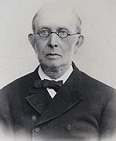

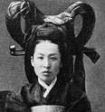








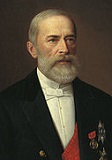





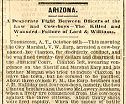






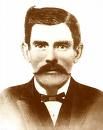







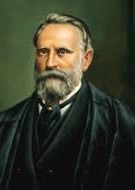


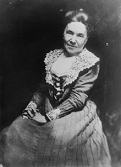







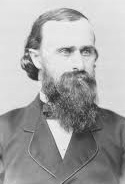
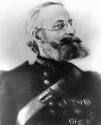









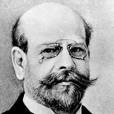








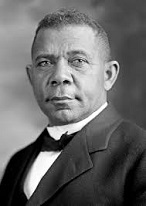





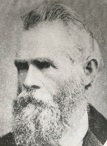

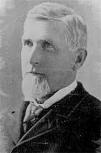






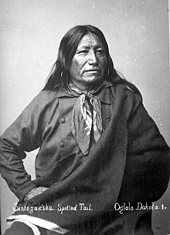

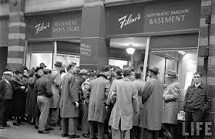
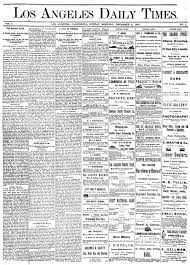
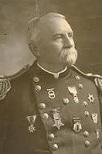
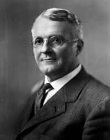
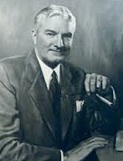
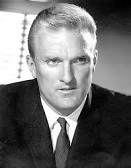





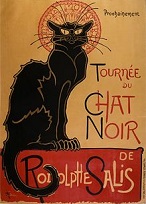
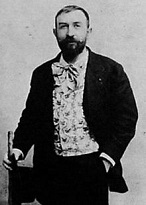
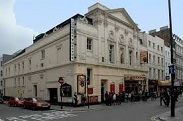

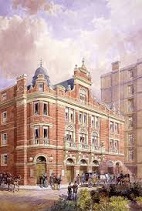


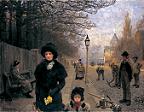
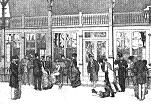




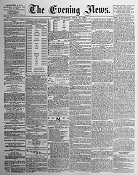
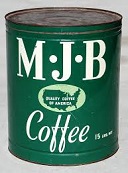
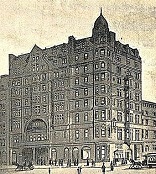
1881 Pop.: London: 3.3M; New York: 1.2M. The 5th Cholera Pandemic of the 19th Cent. (first 1817) begins (ends 1896); this time the only Euro country to get it is Hamburg, Germany (8.6K deaths), becoming the last European outbreak (until ?). The Third Immigration Wave to the U.S. (2nd in 1820-70, first in 1609-1775) begins (ends 1921), during which 23M incl. 2M Jews (44% women) come from N and W Europe until 1890, then S and E Europe incl. Italy, Russia, Austria-Hungary, Poland, and Romania. On Jan. 14 after being caught stealing his backpack, gambler-thief Mike "Johnny" O'Rourke (1862-82), AKA Johnny Behind-the-Deuce (always backs the deuce as the payoff card in Faro) kills the chief engineer of the Corbin Mill in Charleston, Ariz. on the San Pedro River, then flees to Tombstone, and is protected from a lynch mob of miners in an adobe bowling alley by Marshal Ben Sippy, ex-Marshal Virgil Earp, Sheriff John Behan, and a hastily-sworn posse, then driven through the angry crowd in a wagon to Tucson; dime novelists rewrite the scene with Earp facing the mob alone and scaring them off with pure bravado; O'Rourke is killed in a gunfight next year in Sulphur Springs Valley after being caught cheating again - yepadoodle, what the hell? On Jan. 28 2K Boers under Gen. Piet Joubert defeat 1.2K British under Maj. Gen. Sir George Pomeroy Colley at the Battle of Laing's Nek in the Drakensberg Mts.; on Feb. 27 the Boers defeat the British again at the decisive Battle of Majuba Hill, exposing their poor equipment and training; even though the British public calls for blood, PM William Gladstone agrees to end the war on Mar. 23, and recognizes the South African Repub. on Apr. 5, and on Aug. 3 the Treaty of Pretoria is signed, ending the First Boer War (begun 1880), giving the Transvaal internal independence under British suzerainty; Gladstone's attempt to right Disraeli's wrongs is seen by the public as going too far, and Queen Victoria blames him for Majuba Hill; Boer gens. Paul Kruger (1825-1904), Petrus Jacobus "Piet" Joubert (1834-1900), and Marthinus Wessel Pretorius (1819-1901) become big heroes after negotiating the peace treaty. On Jan. 29 (last Tues.) the first annual torch celebration of Up Helly Aa (End of All Holy Days) is held in Lerwick in the Shetland Islands of Scotland, culminating in burning a Viking longship starting in 1889. Oh ya, big dog, the Orabi Revolution in Egypt? In Jan. Egyptian army officers led by Col. Ahmed (Ahmad) Orabi (Urabi) (Ourabi) (1841-1911) mutiny over exclusion from ranks higher than col. by the Ottomans (who reserve them for Turkish and Circassians) and other mistreatment, causing the khedive to grant concessions, incl. the appointment of army officer and poet Mahmud Sami al-Barudi (1839-1904) as war minister; on Sept. 9 his dismissal causes Orabi to organize a huge demonstration outside the khedive's palace, bringing bigger concessions and making Orabi a nat. hero with a grip on the govt. On Feb. 19 Kan. becomes the first U.S. state to prohibit all alcoholic beverages. On Feb. 12 (Feb. 24 Old Style) the Treaty of St. Petersburg, negotiated by Zeng Guofan's son Zeng Jize (1839-90) returns most of the Ili River Basin in NW China to China. On Feb. 25 the city of Phoenix, Ariz. near the confluence of the Salt and Gila Ribvers in the Valley of the Sun in the Salt River Valley of Maricopa County (settled in 1867) is incorporated (modern-day pop. 1.68M/1.45M), becoming the state capital of Ariz. in 1889, and the most populous city in Ariz., also the first state capital with 1M residents (until ?). In Feb. the Canboulay Riots in Port of Spain, Trinidad to protest British police crackdowns on their annual Carnival celebration, spreading to San Fernando and Princes Town in Feb. 1884, with the chantwell (chantuelle) spawning calypso and soca music, and in 1937 to Steelpan (steel drum) music using banned bamboo sticks; in 1947 the U.S. Navy arrives in Trinidad, causing steelpan music to go internat. For 6-1/2 mo. the U.S. finally has a Christian preacher in the White House? On Mar. 4 (Fri.) Ohio log cabin-born Erie Canal boatman, traveling preacher (first preacher until ?), classics prof. and youngest-ever Union maj.-gen. James Abram Garfield (1831-81), AKA "Canal Boy", "Boatman Jim", "the Preacher President", "the Plow Boy of Ohio" becomes the 20th U.S. pres. (until Sept. 19, 1881) in the 27th U.S. Pres. Inauguration at the U.S. Capitol in Washington, D.C. (last log cabin pres.) (first lefty) (Truman, Ford, Reagan, Bush Sr., Clinton, Obama) (first member of Congress to move directly to the presidency) (Harding, Kennedy, Obama); he entertains guests by writing Greek with one hand and Latin with the other; Fairfield, Vt.-born bewhiskered (full sideburns) Chester Alan Arthur (1829-86), AKA "Elegant Arthur", "Prince Arthur", "the Dude President" (for his fashionable Gilded Age clothes) "Our Chet", "the Gentleman Boss" becomes the 20th U.S. vice-pres. (until Sept. 19); James G. Blaine of Maine is appointed U.S. secy. of state (until Dec.); a birther controvery begins when he lies that he was born in 1830, and moved around a lot as a child, and his enemies decide he might not have been born in the U.S. as required, demanding that he provide proof of his birthplace, which he never Barack, er, does; Pres. Lincoln's atty. son Robert Todd Lincoln (1843-1926) is appointed U.S. secy. of war (until Mar. 4, 1885); Garfield names his dog Veto as a warning to Congress; Blanche Kelso Bruce (1841-98) is appointed register of the U.S. treasury (until June 5), becoming the first African-Am. whose signature appears on U.S. currency, getting reappointed on Dec. 3, 1897-Mar. 17, 1898- it's a filthy, filthy job? Autocratic Russia sets the standard for quality health care? On Mar. 13 after approving a compromise plan to permit token democracy, Russian Tsar Alexander II (b. 1818) is assassinated in St. Petersburg by a terrorist bomb while riding in his carriage, asking to be taken to the Winter Palace to die; the Church of Our Savior on Spilled Blood is later (1883-1907) constructed on top of the cobblestones where he was bombed; his equally repressive son Alexander III (1845-94) (known for his great size and strength and peasant ro fanning mob hysteria into Jewish pogroms, causing many Jews to leave Russia, 90% going to the U.S., and thousands to East End, London; meanwhile next year Alexander III begins the Faberge (Fabergé) Egg fetish by giving his wife one for Easter after seeing them at a fair in Moscow, designed by Peter Carl (Karl Gustavovioch) Faberge (Fabergé) (1846-1920); varieties incl. Standard and Azov - is this how we got Isaac Asimov? On Mar. 15 Romania proclaims itself a kingdom, with Carol I as king #1 (until Oct. 10, 1914), and Ioan Bratianu of the authoritarian conservative Liberal Party continuing as PM (until 1888); the Latin script is adopted, and Cyrillic script scrapped; fear of Russia drives Carol I into Austria's arms? On Mar. 28 Billy the Kid is transported from Santa Fe, N.M. to Mesilla, N.M. to stand trial on several counts of murder; on Apr. 9 he is found guilty of the murder of Sheriff Brady; on Apr. 13 Judge Warren Bristol sentences him to hang on May 13 in Lincoln, N.M., where he escapes on Apr. 28; the Kid describes the Mesilla jail as the "worst place I ever struck". On Mar. 30 the War of the Comuneros in Nicaragua sees Indians attempt to fight encroachment by coffee planters in Matagalpa, causing nat. troops to crush them, killing 9K out of 36K and - good fertilizer for coffee plants? In Mar. after Zionist founder Theodor Herzl applies for membership, the Lesehall at the U. of Vienna is dissolved after a discussion degenerates into vicious anti-Semitism, causing him to join the Fraternity Albia instead; too bad, two years later the members attend a Richard Wagner memorial which turns into an anti-Semitic rally, after which his resignation is refused so they can throw them out on their own terms, causing him to decide that Jews have no future in Europe. On Apr. 11 Spelman College (originally Atlanta Baptist Female Seminary) is founded in Atlanta, Ga. for African-Am. women, going on to become the #1 historically black college in the U.S. On Apr. 24 the French invade and occupy Tunis in a 3-pronged attack on the pretext of a border dispute with Algeria, and on May 12 Tunisian bey (since Sept. 23, 1859) Muhammad III as-Sadiq signs the Treaty of Bardo (Qsar es-S'id) (Ksar Said), accepting a French protectorate before abdicating on Oct. 28; the French complete their control of the country by 1882 and stay there until 1956. On Apr. 29 Tsar Alexander II's Alexander's Manifesto on Unshakable Autocracy, engineered by reactionary minister Konstantin Petrovich Pobedonostsev (1827-1907), procurator of the Holy Synod (the non-clerical overseer of the Russian Orthodox Church) apes Ivan the Terrible's coronation speech. On May 5 "the Great Agnostic" Robert G. Ingersoll (1833-99) is quoted in the Chicago Tribute as saying "I like Christ, because he held the Jewish religion in contempt." On May 12 Thomas Stanley Matthews (1824-89) of Ohio becomes U.S. Supreme Court justice #46 (until Mar. 22, 1889) to replace Nathan Clifford (1858-81) and Noah H. Swayne (1862-81), leaving the court at a lame eight members. On May 21 the American Red Cross (ARC) is established in Washington, D.C. by former U.S. Civil War hospital nurse Clarissa "Clara" Harlowe Barton (1821-1912) after she visits Geneva, Switzerland to recover from the war and the Internat. Red Cross asks her to start a U.S. branch, becoming its first pres. for 23 years (until 1904); John D. Rockefeller donates funds for a national HQ one block from the White House in Washington, D.C.; its first major relief operation is helping victims of the Sept. 4-6, 1881 Thumb Fire in Mich., followed by the May 31, 1889 Johnstown Flood in Penn. On May 24 the Canadian ferry Princess Victoria sinks near London, Ont., killing 200. On June 16 Jules Ferry leads a movement establishing free, secular, compulsory public education in France under the aegis of municipal commissions with the first Ferry Law, followed by the Second Ferry Law on Mar. 28, 1882. On June 16 Austria-Hungary and Serbia sign a secret military treaty, which incl. a trade agreement; Austria-Hungary begins dominating Serbia's foreign trade, which consists mostly of pigs for slaughter; meanwhile Austria-Hungary reincorporates the military border into Croatia, increasing ethnic Serbs in Croatia to 25%. On June 18 the 1873-5 Three Emperors' League (Three Caesars' Alliance) (Dreikaiserabkommen) between Germany, Russia, and Austria-Hungary is secretly revived (until 1887). On June 22 a fire destroys much of Tombstone, Ariz., and Wyatt Earp later claims he saved a mother and her daughter from a burning bldg., though the town newspaper Tombstone Epitaph (founded Jan. 1880) never mentions it. On June 27 Manhattan Beach Amusement Park on Sloan Lake in Edgewater, W Denver, Colo. opens, calling itself "the First Amusement Park in the West", featuring a roller coaster, Ferris wheel, dance hall, opening a large theater on June 27, 1891 featuring light opera and vaudeville; the main attraction was Roger (Rajah) the Elephant, who gives rides to children until it is spooked by a hot air baloon and steps on the head of 6-y.-o. George W. Eaton, causing it to be killed and buried in a nearby swamp; it is followed in 1892 by Arlington Park on Cherry Creek in the Alamo Placita neighborhood, and in 1906 by Tuileries Park in Englewood, Colo.; in 1908 Manhattan Beach burns down and is reopened as Luna Park, featuring the steamboat Frolic; in 1908 Lakeside Amusement Park opens in NW Denver, becoming one of the only two amusement parks to survive along with Elitch's (1890). In the summer U.S. Army 1st Lt. Adolphus Washington Greely (1844-1935) and 24 men leave the U.S. on the Lady Franklin Bay Expedition (ends 1884), and arrive in Aug. at Lady Franklin Bay, Ellesmere Island (Grinnell Land) 500 mi. from the North Pole, and set up Fort Conger to take observations for the First Internat. Polar Year (1882-3), which ends up stranded until June 22, 1884; in 1887 he is promoted to maj.-gen. and chief of the Army Signal Corps, going on to fade away with style and flair? Guiteaulong Little Doggies, 200 days if enough? On July 2 (Sat.) (9:30 a.m.) 200 days after taking office and two weeks after uttering the soundbyte: "Whoever controls the volume of money in our county is absolute master of all industry and commerce.. And when you realize that the entire system is very easily controlled, one way or another, by a few powerful men at the top, you will not have to be told how periods of inflation and depression originate", U.S. pres. #20 (since Mar. 4) James Abram Garfield (b. 1831) is shot in the back at the Baltimore and Potomac Rarilroad Station in Washington, D.C. by Freeport, Ill.-born disgruntled atty. and disappointed office ssker Charles Julius Guiteau (1841-82) (who spent five years in the Oneida Community in Upstate N.Y., whose enjoyment of the sexual communism was ruined when women complained that he smelled?), who shouts "I am a stalwart and now Arthur is president"; on Sept. 19 as the nation is flooded with sometimes hourly reports on his condition, Garfield dies in Elberon, N.J. after 80 days of malpractice by physicians who stick unwashed instruments and fingers in him searching for the bullet, while Alexander Graham Bell tries in vain to help with a metal detector (coil mattress springs throw it off?); the bullet is found during the autopsy in a protective cyst 10 in. from the wound, but since the doctors didn't embrace the antiseptic techniques of Joseph Lister (1827-1912), he dies from iatrogenic (doctor-caused) infections, causing Guiteau to say, "Doctors killed Garfield; I just shot him"; Garfield, who is pres. for less than 8 mo. signs one extradition paper during his fatal illness; Guiteau is hanged in Washington, D.C. on June 30, 1882; Garfield and Guiteau are autopsied by the Nat. Museum of Health and Medicine (Army Medical Museum) in Silver Spring, Md. (founded 1862); Garfield becomes the 3rd straight victim of the Zero-Year Presidential Curse (after W.H. Harrison and Lincoln); future Repub. vice-pres. #22 (1889-93) Levi Parsons Morton (1824-1920) had been asked by Garfield to be his running mate, but had preferred the job of U.S. minister to France (until 1885), causing Guiteau to feel he had been "passed over", giving him the reason to murder Garfield?; on Sept. 20 at 2:15 a.m. Fairfield, Vt.-born "Dude President" Chester Alan Arthur (1829-86) becomes the 21st U.S. pres. (until Mar. 4, 1885) in the 28th U.S. Pres. Inauguration in his office at 123 Lexington Ave. in New York City (4th U.S. pres. not to have a vice-pres. after Tyler, Fillmore, and Johnson - next in ?); 2nd time that the U.S. has three presidents in the same year (Hayes, Garfield, Arthur) (first time 1841); a recent (1880) widower, he snubs Garfield's widow and uses his sister Mary Arthur (Mrs. John E.) McElroy (1841-1917) as his White House hostess, and won't move into the White House until it is redecorated by Louis Comfort Tiffany (1884-1933), who adds Tiffany glass to gaslight fixtures and windows, and installs an opalescent floor-to-ceiling glass screen in front of the entrance hall, all of which Teddy Roosevelt removes in 1902 to restore the White House to Federal style; Arthur appoints Ind. U.S. District Judge (since 1869) (former Civil War Union Maj. Gen. from Ind.) Walter Quintin Gresham (1832-95) as postmaster-gen. then treasury secy. (until 1884); in Dec. James G. Blaine resigns because of Arthur's connections with his political enemy Roscoe Conkling; when Arthur actually acts like a pres. and backs civil service reform and even prosecutes his own former political associates for graft, he becomes a lame duck, losing machine support while failing to win the reformers over, his lackadaisical presidency completing the migration of pres. powers to the Congress that is later reversed by presidents Teddy Roosevelt, Woodrow Wilson et al. On July 4 the police chief of Washington, D.C. bans fireworks in tribute to the shooting of Pres. Garfield; instead, prayer meetings for his recovery are held throughout the U.S. On July 4 African-Am. former slave Booker Taliaferro (pr. like toliver) Washington (1856-1915) founds Tuskegee U. (originally Tuskegee Normal School for Colored Teachers, and Tuskegee Normal and Industrial Inst.) in Tuskegee, Ala. to teach vocational skills to blacks, beginning with 30 students after former slave Lewis Adams gets white politician W.F. Foster to talk the state of Ala. into it in return for getting the black vote for his election to the state legislature; the state agrees to pay teachers' salaries but not for land or bldgs., so Booker has the students build them as part of their course; he brings in scientist George Washington Carver to teach, along with other top U.S. blacks - and together they become the fathers of a new black country? On July 14 sheriff Patrick Floyd "Pat" Garrett (1850-1908) shoots and kills William H. Bonney Jr. AKA Billy the Kid (Henry McCarty) (b. 1859) in Pete Maxwell's ranch house in Ft. Sumner, N.M. with a .44-.40, "the gun that shot Billy the Kid". On July 19 Sitting Bull, a fugitive since the Battle of the Little Big Horn surrenders to the U.S. govt. at Ft. Buford, Mont. (at the confluence of the Missouri and Yellowstone Rivers), and is packed off to a rez. On July 23 a group of xenophobic Koreans attacks the Japanese legation in Seoul, drawing support from the Chinese, who on July 24 murder Min Kyom-ho, head paymaster of the Tribute Bureau, whose elder brother is the adopted brother of fatherless Korean spider lady ("the last empress of Korea") Queen Min (1851-95); on Aug. 26 the Chinese free the Taewon-gun and take him to Tianjin, returning him to power, where he begins a struggle with Queen Min for control of the Korean govt., resulting in the Chemulpo (Chemulp'o) Treaty of Amity and Trade (engineered by Queen Min), a mutual defense treaty with the U.S., compensating the Japanese and giving them the right to keep a legation guard; the Yellow Sea port of Inchon (Chemulpo) in W Korea is opened to Japanese commerce, followed by world commerce in 1883; Korea sends several groups of students and observers to Japan - to become oddjobs? On July 26 the halfpenny The Evening News daily newspaper is founded in London, England, undercutting The Times by half and becoming the first popular newspaper in London and the #1 London evening newspaper until it merges with the rival "Evening Standard" in 1980; in 1987 it is revived for 8 mo. In July Turkey cedes Thessaly and part of Epirus to Greece, but when it tries to take control, the turkeys refuse to pull out. On Aug. 4 Seville, Spain sets a European record high temp. of 122 F (50 C); 124F (51C) on July 30, 1876? On Aug. 28 after Congress passes the U.S. Ute Removal Act, reneging on a guarantee of 12M acres in perpetuity, the former Ute Indian Territory is abolished and the Utes removed from their "Shining Mountains" to a rez in E Utah so that the U.S. govt. can open the area to white settlers, incl. Clinton County, Penn.-born George Addison Crawford (1827-91), who next July 22 incorporates the town of Grand Junction, Colo. (AKA River City, Ol' Grandy, Capital of the Western Slope) in Grand Valley on the W slope of the Rockies at the confluence of the Grand (Upper Colorado) and Gunnison Rivers (modern-day pop. 60K/147K), and plants the first vineyard in Colo. near Palisade, after which the area becomes known as the Colo. Wine Country. On Aug. 28 the Jesuit Roman Catholic Marquette U. is founded in Milwaukee, Wisc. by first bishop of Milwaukee (since 1843) John Martin Henni (1805-81), named after 17th cent. explorer-missionary Father Jacques Marquette for the area's mainly German immigrant pop.; in 1909 it becomes the first co-ed Roman Catholic univ. On Aug. 30 steamship Teuton sinks off the Cape of Good Hope, killing 200. In Aug. a reporter for the New York Sun interviews Dr. W.S. Cockerell in Gunnison, Colo., who spots Quebec, Canada-born Bartholomew William Barclay "Bat" Masterson (1853-1921) and spins a yarn about how he had killed 26 men, which is pub. and reprinted all over the U.S., making Masterson a nat. celeb, even though it was moose hockey; on Apr. 17, 1882 Masterson is appointed city marshal of Trinidad, Colo. at $75/mo., going to Colo. gov. #2 (1879-83) Frederick Walker Pitkin to prevent extradition of Doc Holliday from Colo. to Ariz., losing reelection on Apr. 3, 1883 by a 637-248 vote after the local newspaper lampoons him for dealing faro at night. In Aug. Ariz. cattle rancher "Old Man" Newman Haynes Clanton (b. 1816), alleged leader of the "Cow-Boys" and father of the four Clanton brothers is killed with four of his hands in the Guadalupe Canyon Massacre by Mexicans in the S Peloncillo Mts. on the Ariz.-N.M. border in retaliation for a July ambush by rustlers working for them in Skeleton Canyon; Curly Brocius becomes the new leader of the Cow-Boys, wanting to get even with Wyatt Earp for pistol-whipping him during his 1880 arrest for the shooting of prior marshal Fred White. On Sept. 7 what's left of the Jesse and Frank James Gang (with some locally-recruited thugs) robs a train at Blue Cut, Jackson County, Mo. (near Glendale, Mo.) (planning it to be their last of 25+ train and stage coach robberies since 1876), killing the conductor and a pensioner, after which Frank James retires from crime and settles in Baltimore, Md.; Jesse's cousin Robert Woodson "Wood" Hite (b. 1856) is killed in Dec.-Mar. in their hideout in Richmond, Mo. by gang members Dick Liddil and/or Bob Ford after an argument over spoils and/or the Fords' widowed sister Martha Bolton, after which Liddil, Bob Ford, and his brother Charley are arrested, causing them to make a deal with new Mo. gov. Thomas Crittenden (whose is embarrassed that his state has been home to the gang for 12 years, and promises to get them in his inaugural address) to obtain a pardon and $5K each (from the railroad and express cos.) for capturing Jesse and Frank James dead or alive - the official cover story - in reality, dead dead dead like bacon? On Sept. 15 2nd. Lt. Henry Ossian Flipper (1856-1940), the first former slave and black man to graduate from West Point (1878) is court-martialed on trumped-up charges of embezzlement, found not guilty, then dismissed from the U.S. Army for conduct unbecoming an officer, picking himself back up and going on to a distinguished career - keep to your place and go to Tuskegee? On Sept. 18 liberal scholar-historian Domingo Santa Maria Gonzalez (1824-89) becomes pres. of Chile (until Sept. 18, 1886), going on to fight against the great powah of the Roman Catholic Church and secularize marriage, pissing-off the Vatican, which breaks diplomatic relations. On Sept. 21 the Treaty of Akhal between Russia and Persia gives Russia all of Khwarezm incl. Turkestan, Transoxianiania, and Merv. On Oct. 24 new U.S. minister to France (since Mar. 2) Levi Parsons Morton (1824-1920) hammers the first rivet into the Statue of Liberty in Paris, driving it into the big toe of her left foot; Colmar, France-born sculptor Frederic Auguste Bartholdi (1834-1904) got the idea from his friend, French jurist Edouard Rene Lefevre (Édouard René Lefèvre) de Laboulaye (1811-83). A 30-second point-blank gunfight by bad marksmen fuels zillions of hours of Am. West movie and TV footage? On Oct. 25 the simmering feud in Tombstone, Ariz. between the Earps and the Clantons reaches critical mass when a bungled stagecoach holdup near Benson, Ariz. in Mar. causes each side to accuse the others of being involved, and braggart Ike Clanton gets drunk and almost gets in a gunfight with them, but backs down, then instead of going back to the ranch stays in the saloon all night in a card game with Virgil Earp and Thomas "Tom" McLaury (b. 1853), then is seen about noon carrying a Winchester rifle and sidearm looking for an Earp or Holliday to plug, then is knocked out, disarmed and taken to the county judge, who fines him $25 for disorderly conduct, causing a courtroom confrontation between the two clans again, after which Wyatt Earp hits Tom McLaury over the head with a pistol, claiming that he is carrying a concealed pistol, which he denies although the saloon keeper of the Capitol Saloon later testifies that he deposits one right afterward; when Tom's older brother Robert Findley "Frank" McLaury (b. 1849) and Ike's younger brother William Harrison "Billy" Clanton (b. 1862) arrive and find out about the beating (that's just too much for an erin go bragh Celt?), they get pissed, load up on ammo and head for the O.K. Corral, which is the way out of town, but also happens to be next to Fly's Rooming House where Doc Holliday is staying, and two blocks from the Earps' home to the W, causing the Earps and Holliday to lock and load and make their big march through the streets to disarm them as officers of the law, although the cowboys are legally entitled to bear arms while entering or leaving the town, as evidenced by being in a, er, corral, causing a legal-poetic-justice ballet that depends on what they think witnesses will later testify to?; on Oct. 26 (Wed.) at 3:00 p.m. (cold day with snow on the ground) the 30-sec. 30-shot Gunfight at the O.K. Corral (18-ft.-wide) on the W end of 4.5K-ft. alt. Tombstone (formerly Goose Flats) in Pima County in SE Ariz. (with a view of the Dragoon Mts. to the NNE), 80 mi. from Tucson (where county sheriff Charles Alexander Shibell (1841-1908) resides) takes place between the sinister darkly-clad handlebar-moustached Earps (Virgil, Wyatt, and Morgan) (the original Morpheus, Neo, and Trinity?) and Doc Holliday (representing the miners, businessmen, bankers and the law) and the Clanton and McLaury "Cow-Boys" (heros of the small farmers and ranchers); after walking down Fremont St. and rounding the corner of Fourth St. in front of the Capitol Saloon, cane-carrying town marshal Virgil Walter Earp (1843-1905) his deputized officer Morgan Earp (1851-82), undeputized Wyatt Earp (1848-1929)(known for the soundbyte "It all ends now"), and TB-suffering gambler-dentist John Henry "Doc" Holliday (1851-87) shoot it out with Joseph Isaac "Ike" Clanton (1847-87) and his gang in the vacant area on the Fremont St. side next to Fly's Rooming House behind the looms of the O.K. Corral; after finding drunken Ike Clanton and his recently-rounded-up wannabe contender William Floyd "Billy the Kid" Claiborne (1860-82) (who likes to pretend he's the real Billy the Kid although he's just a cowhand, and is probably unarmed, as is boasting Ike) standing in the middle of the lot, and well-armed Frank McLaury and Billy Clanton, and probably-unarmed Tom McLaury standing against a house to the W with the horses, Virgil Earp shouts: "Throw your hands up, I want your guns", after which (it depends on whom you believe, but) either Doc Holliday and Morgan Earp start it by opening fire at point-blank range, surprising Wyatt, who is seized by Ike against the rooming house wall, causing his pistol to allegedly accidentally discharge at Billy the Kid Claiborne, striking him in the knee, or Frank McLaury and Billy Clanton draw their pistols first, and Wyatt Earp and Billy Clanton fire first; after Tom McLaury tries to hide behind Billy Clanton's horse, and Frank McLaury shoots Morgan Earp in the shoulder, Doc pulls his concealed sawed-off 10-or-12-gauge double-barreled shotgun from his gray overcoat and fatally shoots Tom McLaury in the right chest near the armpit, after which he stumbles to the W to run away, falls at the telegraph pole at 3rd and Fremont St., and is finished off by a shot to the gut by Wyatt; Frank McLaury is shot by Wyatt Earp in the navel, then stumbles into Freemont St., gets off several shots, loses his horse, and is finished off by Morgan Earp with a head shot; Ike Clanton and Billy Claiborne escape to a nearby photo studio after Ike briefly struggles with Wyatt; death toll: Billy Clanton (shot in the wrist and right chest by Morgan, right arm, scalp and gut by Virgil, and hips by Wyatt) (dies last, claiming he had been murdered), Frank McLaury, Tom McLaury; Wyatt Earp emerges unscathed, but Virgil (right calf), Morgan (upper back between the shoulder blades) and Doc (hip) are badly wounded; Ike, who started it all, and led his brother Billy plus the McLaurys into a death trap, gets out unscathed; the Tombstone Epitaph headline on Oct. 27 reads "Yesterday's Tragedy, Three Men Hurled Into Eternity in the Duration of a Moment, the Causes That Led to the Sad Affair", and contains ed. John Phillip Clum's sage observation: "If the present lesson is not sufficient to teach the cowboy element that they cannot come into the streets of Tombstone, in broad daylight, armed with six-shooters and Henry rifles to hunt down their victims, then the citizens will most assuredly take such steps to preserve the peace as will be forever a bar to further raids"; on Nov. 29 after the hero shine wears off and talk of the unarmed innocent lambs throwing up their hands and being murdered in cold blood, and the boss, Cochise County Sheriff Johnny H. Behan (1844-1912) (a friend of the Clantons, who was at the all-night card game and arose at 1:30 p.m., got a shave at the barber shop, then encountered the Earps going to the corral and let them pass) arrests Wyatt Earp and Doc Holliday for murder, a mo.-long legal inquest by Judge Wells W. Spicer (1831-85) (a relative of the Earps) clears them using a Wild West version of the old doing-their-official-duty theory; the pro-Clanton locals and the Earps go on to circulate different stories, which clouds the episode, making it take half a cent. to reach full Wild West legend status; Spicer's rep is ruined by his decision, and after death threats by the Cow-Boys he ends up a miner, and is found dead in the desert near Ajo, Ariz. in 1885; Clum leaves Tombstone on May 1, 1882, and ends up working in the post office in Alaska, finally running a date farm in Indio, Calif. in 1915, where he stays friends with Wyatt in Los Angeles; Wyatt leaves Tombstone by the end of the year, hooks up with Josephine Sarah "Josie" Marcus (1861-1944) (ex-babe of his arch-enemy Johnny Behan) in San Francisco next year, and becomes a prospector, then operates saloons and gambling halls in the gold camps of Nevada and Alaska, then goes into real estate speculation in Calif. before WWI, and owns a racetrack; he goes to his grave an old fart, never having suffered a direct hit; Billy the Kid Claiborne gets his chance to prove he's no Billy the Kid, and is killed next Nov. 14 in a gunfight with Franklin "Buckskin Frank" Leslie (1848-1930), "the only man who could compare to Doc Holliday's blinding speed and accuracy with a six-gun" (Wyatt Earp) - whose portrait bears a striking resemblance to Hollywood actor Brad Pitt (1963-)? On Nov. 18 the Le Chat Noir (The Black Cat) is founded in Montmartre, Paris at 84 Boulevard Rochechouart by Louis Rodolphe Salis (1851-97), becoming the first modern cabaret, serving hypocras (spiced wine) in golden bowls, attracting the radical writers and artists called Les Hydropathes (hydrophobics) led by Emile Goudeau, moving to 12 Rue Victor-Mass on June 10, 1885, and closing in 1896. On Nov. 24 after Gambetta's proposal to restore Scrutin de Liste is rejected by the Senate, causing voters to throw out Jules Ferry, Leon Gambetta (1838-82) (who lost his left eye at age 15) becomes PM of France (until 1882), forming Le Grand Ministere, with gen. plans of allying with Britain and cooperating with them in Egypt; too bad, after his plans for forming a strong executive govt. stir memories of a new Napoleon, his cabinet falls next Jan. 26 after 66 days, then on Dec. 31, 1882 an accidental pistol wound aggravates an intestinal malady, causing his death. In Nov. the 1879 De Long Arctic expedition ends with the ship broken up by the ice and the survivors marching overland for 3 mo. until only two make it. On Dec. 4 the Los Angeles Times (originally the Los Angeles Daily Times) is founded in Los Angeles, Calif. by wealthy St. Louis, Mo. businessman Nathan Cole Jr. (1860-1921) and Glasgow, Scotland-born dandy Thomas Gardiner (1826-89); in July 1882 Marietta, Ohio-born Harrison Gray Otis (1837-1917) becomes ed., leaving it to his son-in-law Harry Chandler (1864-1944), who leaves it to his son Norman Chandler (1899-1973), who passes it to his son Otis Chandler (1927-2006) in 1960-80. On Dec. 8 a fire at the Ring Theater in Vienna kills 620. On Dec. 20 the Decree of Muharrem in bankrupt Turkey sets up the Public Debt Admin., consisting of Ottoman and Euro reps, and subjecting the Ottoman govt. to foreign financial control from which it never escapes, with the 1914 debt still at 139.1M Turkish pounds - where did the whipped cream bikini come in? On Dec. 20 Boston-born Harvard-educated Horace Gray (1828-1902) is appointed as U.S. Supreme Court justice #47 (until Sept. 15, 1902), followed next Mar. 22 by N.Y.-born Columbia-educated Samuel Blatchford (1820-93) (until July 7, 1893) as U.S. Supreme Court justice #48 to replace Ward Hunt (1873-82), bringing the number of members back up to Beatle John Lennon's number nine. Cecil Rhodes gains a seat in the Cape Colony Parliament. After Bismarck strikes a deal to increase troop levels in exchange for it, a letter of German emperor Wilhelm I to the German Parliament proposes the adoption of universal health care and old age insurance, which is ratified in 1883. The first Sino-Japanese commercial treaty is signed, with both countries claiming equality - shall we shag now or shall we shag later? The tobacco monopoly in the Philippines is abolished, followed by a gen. reform of the tax structure in 1884. The Coercion Act of 1881 is passed by the British Parliament, giving the lord lt. of Ireland power to arrest any person on suspicion of being an anti-English agitator just for refusing to work for or boycotting produce from English landlords; no surprise, Irish leaders Charles Stewart (Stuart) Parnell (1846-91) and William O'Brien (1852-1928) are among the first imprisoned in stinking Kilmainham Jail, causing an Irish uprising, resulting in the Irish Land Bill that gives the Irish fair rents and tenancy rights. Gen. Lew Wallace is appointed U.S. minister to Turkey (until 1885). Learned economist Nicholas (Nikolai) Khristianovich Bunge (1823-95) is appointed Russian minister of finance (until 1887), with the mission of making economic changes necessary for Russian industrialization, incl. the Peasants' Land Bank, abolition of the head tax, introduction of an inheritance tax, and the first Russian labor legislation, attempting to pump up capitalism in Russia. After decades of enjoying industrial superiority while failing to get the rest of Spain to lead them, Valenti (Valentí) Almirall y Llozer (1841-1904) et al. begin agitating for a separate Catalan state in Spain, organizing Catalan congresses and founding the Catalan Center (political party) in Madrid next year. After barbed wire is patented in 1874, the Fence Cutting Wars (end 1891) break out in Tex. as homesteaders begin cutting the barbed wire fences of cattlemen, initially being justified because the fences were put up by men who didn't own the land, but later doing it to anybody's fences, claiming that all land should be in the public domain, speading to Wyo. and Mont. After Garfield's assassination makes yet another destitute First Lady, the U.S. Congress votes $5K a year pensions to the widows of presidents Garfield, Lincoln, Polk and Tyler; an automatic pension doesn't happen until 1958. The state of Ark. ("the Natural State") passes a resolution that its name is to be pronounced like "Arkansaw", not "Arkansas". The city of Aberdeen, S.D. in NE S.D. 125 mi. NE of Pierre (modern-day pop. 28K) is founded in one of the richest farm areas in the U.S., becoming known as the "Hub of the Two Dakotas". The town of Calico, Calif. in the Calico Mts. of the Mojave Desert 3 mi. NE of modern-day Barstow, Calif. is founded near the site of a major silver strike, shipping $13M-$20M worth of silver by the time it becomes a ghost town in 1900; in 2005 Calif. Gov. Arnold Schwarzenegger proclaims it Calif.'s Silver Rush Ghost Town. Rishon LeZion in WC Israel is founded by European Jewish immigrants, becoming the 2nd Jewish agricultural community in Palestine after Petah Tikvah. The British North Borneo Co. is founded to control Sabah (until 1941). The French flag is raised on the N bank of the Congo River, founding the new colony of French Congo. The first Japanese political parties are founded. France permits freedom of the press. Jan Hendrik Hofmeyr (1845-1909) AKA Onze Jan ("Our Jan") founds the Afrikaner Bond to promote the Dutch language in South Africa and eliminate British govt. interference. The Clan-na-Gael (AKA United Brotherhood) Irish Fenian org. is founded in Philly. The Federation of Organized Trades and Labor Unions of the U.S. and Canada is formed. Henry Mayers Hyndman (1842-1921) founds the Dem. Federation (later called the Social Dem. Federation) in England to advance Marxism, reaching a membership of 10K and changing its name in 1911 to the British Socialist Party. Pope Leo XIII commissions a group of theologians and scholars in Freiburg to study Corporatism; in 1884 they define it as a "system of social organization that has at its base the grouping of men according to the community of their natural interests and social functions, and as true and proper organs of the state they direct and coordinate labor and capital in matters of common interest." Scottish Orientalist scholar Sir William Muir (1819-1905) pub. the soundbyte: "Some, indeed, dream of an Islam in the future, rationalized and regenerate. All this has been tried already and has miserably failed. The Qur'an has so encrusted the religion in a hard unyielding casement of ordinances and social laws, that if the shell be broken the life is gone. A rationalistic Islam would be Islam no longer." The Nat. History Museum in South Kensington, London opens. University College in Liverpool, England is founded; in 1903 it receives a royal charter, becoming one of the six original red brick civic univs. The Boston Browning Society is founded (until 1892) in honor of English poet Robert Browning (1812-89). Devout Methodist James Buchanan "Buck" Duke (1856-1925) starts a manufactured cigarette business in Durham, N.C., producing the Duke of Durham brand; the year's production is 9.8M (1.5% of the total market). The Internat. Cotton Exposition is held in Atlanta, Ga. Tenn. passes the Segregation Seating Act for Railroad Cars, setting a model for other Southern states. The Hebrew Immigrant Aid Society (HIAS) (originally the Hebrew Emigrant Aid Society) is founded on Nov. 27 in the U.S. to help Jewish immigrants from Russia, going on to rescue 4.5M Jews by 2010; Emma Lazarus of "The New Colossus" fame is a volunteer. Drake U. in Des Moines, Iowa is founded for the Disciples of Christ by a maverick preacher from nearby Oskaloosa College (who takes most of the staff with him) and U.S. Civil War Brig. Gen. Francis Marion Drake (1830-1903), who becomes Iowa gov. #16 in 1896-8. The U. of Liverpool (originally Univ. College Liverpool, followed in 1884 by Victoria U. at Liverpool until 1903) is founded in Liverpool, England; in 1894 prof. Oliver Lodge makes the world's first public radio transmission, and in 1896 takes the first surgical X-ray in the U.K.; in 1899 Liverpool U. Press is founded; in 1903 it receives a royal charter, becoming one of England's six original red brick civic univs. The Wharton School of Finance and Economy of the U. of Penn. is founded in Philly by liberal Hicksite Quaker industrialist Joseph Wharton (1826-1909) (co-founder of the Bethlehem Steel Co. and Swarthmore College), becoming the first higher ed. for accountants in the U.S. and the first collegiate business school. French financier brothers Emile (1800-75) and Isaac Pereire (Péreire) (1806-80) (of Sepahardic Jewish descent) found the Banque Transatlantique, becoming rivals with the Rothschild family, who are Ashkenazi Jews; in 1909 Isaac's son Eugene's granddaughter Noemie Halphen marries Maurice de Rothschild, ending the rivalry? Winslow Homer visits an English fishing village near Tynemouth. The Vatican archives are opened to scholars. A land telegraph line is built from Shanghai to Tianjin in China. Watertown, N.Y.-born Mormon Oliver Boardman Huntington (1823-1909) pub. a journal containing the allegation that back in 1837 Joseph Smith Jr. taught that: "The inhabitants of the moon are more of a uniform size than the inhabitants of the earth, being about six feet in height. They dress very much like the Quaker style and are quite general in style or the one fashion of dress. They live to be very old; coming generally, near a thousand years"; later Brigham Young claims that the Sun is inhabited. The U. of Conn. (originally Storrs Agricultural School) is founded in Storrs, Conn. by brothers Charles and Augustus Storrs; in 1893 it becomes Storrs Agricultural College; in 1899 it becomes Conn. Agricultural College; in 1933 it becomes Conn. State College; in 1939 it becomes the U. of Conn.; in Sept. 2005 after it emerges from Hurricane Katrina unscathed, it is named by Slate mag. as "America's Best Place to Avoid Death Due to Natural Disaster". The Boston Symphony Orchestra is founded by banker Henry Lee Higginson (1834-1919); its first conductor is Sir George Henschel (1850-1934) (knighted in 1914) (until 1884), followed by Athur Nikisch in 1889-93, and Pierre Monteux in 1919-24, who gives it a signature French sound. In the early 20th cent. 10 theaters on a single block make 42nd Street in Manhattan, N.Y. internationally famous for its playhouses, starting this year with Wallack's Theatre at 30th St. and Broadway. English stage beauty "Jersey Lily" Lillie (Lily) Langtry (real name Emilie Charlotte Le Breton) (1853-1929) makes her prof. stage debut at the Haymarket Theatre in London as Kate Hardcastle in Oliver Goldsmith's 1773 "She Stoops to Conquer"; starting next year she begins playing in the U.S. every season for over 20 years, becoming Edward VII's babe; she retires in 1914. Century Mag. begins pub. as a successor to Scriber's Monthly Mag. (until 1930). Barnum and Bailey's Circus, made up of bearded James Anthony Bailey's Internat. Allied Circus and clean-shaven Phineas Taylor Barnum's Circus is founded- two heads are better than one? Le Chat Noir (Fr. "The Black Cat"), the first cabaret is founded in Montmartre, Paris by Rodolphe Salis (1851-97), and opens on Nov. 18. Wealthy German Jew Emil Rathenau (1838-1915) obtains the rights to manufacture Thomas Edison's electrical products, founding the Allgemeine Elektricitats-Gesselschaft (AEG) in 1887. Filene's Department Store (originally Filene's Sons and Co.) in Boston, Mass. is founded by German Jewish immigrant William Filene (1830-1901) from Posen, Prussia to sell clothing; in 1891 his sons Edward Albert Filene (1860-1937) and Abraham Lincoln Filene (1865-1957) take over mgt., using the scientific mgt. ideas of Frederick Winslow Taylor (1856-1915), opening Filene's Basement (Automatic Bargain Annex) in 1908 to go with an automatic mark-down schedule for merchandise and money-back guarantee, founding the first employee's credit union; in 1912 the flagship store at the corner of Washington and Summer Sts. in Chicago, Ill. is built by architect Daniel Burnham (his last major project), expanding to the whole block by 1929; in 1929 Filene's, Lazarus, and Abraham & Straus found Federated Department Stores in Columbus, Ohio as a holding co. The J.L. Hudson Co. department store in Detroit, Mich. is founded by English-born Joseph Lowthian Hudson (1846-1912), growing into a chain claiming to be #2 after Macy's. MJB brand coffee co. is founded in San Francisco, Calif. by German Jewish immigrant Max J. Brandenstein (1860-1925) and his brothers Charlie, Eddie, and Mannie; Mannie later changes his name to Bransten, and in 1910 launches the "MJB Coffee Why?" ad campaign, building an "ultramodern" coffee house at the 1915 Panama-Pacific Internat. Exposition featuring a giant cup and saucer on the roof with an illuminated sign reading "WHY"; in 1985 it is acquired by Nestle; in 1999 Sara Lee Corp. acquires MJB, Hills Brothers, and Chase & Sanborn from Nestle, which in 2006 sells them along with Chock Full O'Nuts to Massimo Zanetti Beverage USA; ad slogan: "You can't make a bad cup of MJB". Borax is discovered in Death Valley, Calif. near Furnace Creek Ranch by Aaron Winters and Rosie Winters, causing a mining boom, starting in 1882 with Eagle Borax Works, with teams of 12-18 mules and 2 horses hauling dual 16-ft. wagons 165 mi. to the town of Mojave from Oct.-May until 1888. Architecture: In May Union Station at the W end of downtown Denver Colo. at 17th and Wynkoop Sts. opens to service the Union Pacific, Denver & Rio Grande Western, Colo. Central, and Denver, South Park & Pacific Railroads; too bad, in 1894 a fire in the women's restroom destroys the central portion, and it is rebuilt in Romanesque Revival style on a larger scale incl. a tall central clock tower with four faces; on July 4, 1906 a large $22,50 arch in front of the station is dedicated, made of 70 tons of steel with 2K light bulbs and the word "Welcome". On Oct. 10 the Savoy Theatre in the Strand, Westminster, West London opens as the home of the D'Oyly Carte Opera Co., founded in 1875 by West End, London-born impresario Richard D'Oyle Carte (1844-1901), becoming the first public bldg. on Earth to be entirely lit by electricity, going on to produce all 14 "Savoy operas" of Sir William Schwenck Gilbert (1836-1911) and Sir Arthur Seymour Sullivan (1842-1900), causing the term "Savoyard" to be coined for an actor, producer, or admirer of their operas, and "Gilbertian" to mean a humorous play. On Oct. 15 the brick-stucco Comedy Theatre (originally Royal Comedy Theatre until 1884) opens on Panton St. in Leicester Square in Westminster, West End, London; in 1883 it debuts the operetta Falka, followed in 1885 by Erminie; in 1856 producer Anthony Field founds the New Watergate Club to get around the 1843 Theatres Act, which has no power over private clubs, producing Arthur Miller's "A View from the Bridge", Robert Anderson's "Tea and Sympathy", and Tennessee Williams' "Cat on a Hot Tin roof"; in Oct. 31, 2011 it is renamed the Harold Pinter Theatre. The Natural History Museum in London (begun 1873) opens. Louis Comfort Tiffany designs the interior of the Mark Twain House in Hartford, Conn. (built in 1874). The $30K Victorian Gothic-inspired Newberry Opera House in Newberry, S.C. is founded, becoming the region's cultural hub. The 45.2-mi. 3-ft.-wide track Durango and Silverton Narrow Gauge Railroad in San Juan County in S Colo. begins operation to transport silver and gold ire from the San Juan Mts., becoming a tourist attraction for its great scenery and cliff-hugging thrills. Sports: In Oct. the first women's lawn bowling match is held in Australia in Stawell, Victoria; the Rainsford Bowls Club, the first women's bowling club is founded on Dec. 16, 1898 in Glenferrie, Victoria; in Sept. 1907 the 6-club Victorian Ladies' Bowling Assoc. is founded in Melbourne, Victoria, becoming the world's first women's bowling assoc. The first U.S. Lawn Tennis Nat. Singles Championship (later called the U.S. Open) is won by Richard Dudley "Dick" Sears (1861-1943), who continues to win through 1888; Clarence Munroe Clark (1859-1937) and Frederick Winslow Taylor (1856-1915) win the first doubles tournament, and Clark marries Winslow's sister; next year he is defeated in the singles final by Sears. Inventions: French inventor Clement Ader (1841-1925) invents the Theatrophone, with a separate channel for each ear, performing the first stereo transmission of an opera performance over a distance of 3km (2 mi.); in 1890 it is commercialized by Compagnie du Theatrophone, which folds in 1932. On July 8 the ice cream "sunday" (later sundae) is invented by druggist Edward C. Berner of Two Rivers, Wisc. to get around Sabbath "blue laws" by serving ice cream as a food instead of a treat. The first machines that sort good from bad cranberries appear, based on the ability of the good ones (containing four air sacs) to bounce. John Boyd Dunlop (1840-1921) of the U.S. acquires the patent for a hollow (pneumatic) tire made of rubber and cloth; because of this, tire makers become the #1 consumer of natural rubber. Irish-born U.S. inventor John Philip Holland (1840-1914), an Irish nationalist wanting to help the U.S. Navy destroy British sea power gets money from the Fenians and launches his first successful submarine Fenian Ram on the Hudson River; too bad, its power system is too defective for long sea voyages and he goes back to the drawing boards. Paris begins building a city-side compressed air distribution system (finished 1889), which distributes 5-6 bar air over 900km of mains, serving 10K customers; it operates until 1994. Santa Cruz, Calif. judge James Harvey Logan (1841-1928) develops the Loganberry by accidentally crossing a blackberry and raspberry. Science: The mummy of Egyptian Pharaoh Rameses II is found, and is in exceptionally good condition - tell me how does it feel to treat me like you do? Russian archeologist Semyon Semyonovich Abamelik-Lazarev (1857-1916) discovers the Palmirian Tarif inscription in Palmyria, Syria, which lists ancient customs rules. Cuban scientist Dr. Carlos Juan Finlay y Barres (Barrés) (1833-1915) presents the Mosquito Theory of Yellow Yever Transmission to a scientific convention in Havana, and is greeted with stony silence, becoming known as the Mosquito Man, and failing to gain acceptance for 20 years (until 1900), while the search for the yellow fever bacterium goes on in vain, because it's caused by a virus too small to be seen in a microscope and everybody wants to become the next Pasteur? English opthalmologist Waren (Warren) Tay (1843-1927) first describes the red spot in the retinas of people suffering from Tay-Sachs Disease, which in 1887 Jewish-Am. neurologist Bernard Sachs (1858-1944) notes is prevalent among Am. Jews of E European (Ashkenazi) descent. English logician John Venn (1834-1923) introduces Venn Diagrams. Tebbutt's Comet is first observed, becoming the first wide-angle photo of a comet's tail, and the first spectrum of a comet's head. Valproate is discovered, later being discovered to be useful in preventing migraine headaches and seizures and treating epilepsy and bipolar disorder; it is first used medically in 1962, and is marketed under the brand name Depakote. Nonfiction: Oscar Browning (1837-1923), An Introduction to the History of Educational Theories. Samuel Butler (1835-1902), The Alps and Sanctuaries of Piedmont and Ticino; travel book. Thomas Carlyle (1795-1881), Reminiscences; ed. by James Anthony Froude (1818-94). Paul du Chaillu (1835-1903), The Land of the Midnight Sun; account of his expedition in 1871-4. Church of England, English Revised Version of the Bible (1881-5); produced by a group of English and Am. scholars working since 1870; the Apocrypha is pub. in 1895; expresses admiration for the admittedly buggy 1611 King James Bible for "its simplicity, its dignity, its power, its happy turns of expression... the music of its cadences, and the felicities of its rhythm", callng it "the noblest monument of English prose"; the Am. scholars in the group go on to produce the 1901 Am. Standard Version. Moncure D. Conway (1832-1907), Thomas Carlyle; Thomas Carlyle: A Memorial Discourse Delivered before the South Place Religious Society, Feb. 13, 1881; The Wandering Jew. Charles Darwin (1809-82), Formation of Vegetable Mould through the Action of Worms; his last scientific book; first major work on soil bioturbation- another earth-shaking publication? Sir John Eliot (1592-1632), An Apology for Socrates (posth.); written in prison. Warren Felt Evans (1817-89), The Divine Law of Cure. Edward Augustus Freeman (1823-92), The Historical Geography of Europe. James Geikie (1839-1915), Prehistoric Europe; claims five interglacial periods in Britain, and that the Pleistocene deposits are interglacial or preglacial. Oliver Wendell Holmes Jr. (1841-1935), The Common Law; Lowell Lectures; makes him an internat. star; "The life of the law has not been logic; it has been experience." Conrad Busken Huet (1826-86), Literarische Fantasien en Kritieken (25 vols.) (1881-8) - don't miss a word? Robert G. Ingersoll (1833-99), The Great Infidels. Helen Hunt Jackson (1831-85), A Century of Dishonor; exposes the mistreatment of Native Ams. by the U.S. govt., getting her an appointment as special commissioner among the Mission Indians in Calif. in 1882. Stanley Lane-Poole (1854-1931), Egypt. Arthur Lillie (1831-?), Buddha and Early Buddhism. Lewis Henry Morgan (1818-81), House-Lives of the American Aborigines. Max Mueller (1823-1900) (tr.), Immanuel Kant's Critique of Pure Reason; "The English-speaking race, the race of the future, will have in Kant's Critique another Aryan heirloom, as precious as the Veda - a work that may be criticised, but can never be ignored." Friedrich Nietzsche (1844-1900), The Dawn (Morgenrote). Benjamin Peirce (1809-80), Ideality in the Physical Sciences. Leopold von Ranke (1795-1886), Weltgeschichte (World History) (16 vols.) (1881-8). Ellen Henrietta Richards (1842-1911), Cooking and Cleaning: A Manual for Housekeepers; founds the science of Home Economics. George John Romanes (1848-94), Animal Intelligence. Philip Schaff (1819-93) and Arthur Gilman (1837-1909), A Library of Religious Poetry: A Collection of the Best Poems of All Ages and Tongues, with Biographical and Literary Notes. Alfred Percy Sinnett (1840-1921), The Occult World. August Strindberg (1849-1912), Swedish People at Work and Play (1881-2). Edward Tylor, Anthropology. John Venn (1834-1923), Symbolic Logic; introduces Venn Diagrams. Richard Wagner (1813-83), Introduction to a Work of Count de Gobineau. Brooke Foss Westcott (1825-1901) and Fenton John Anthony Hort (1828-92), The New Testament in the Original Greek (2 vols.); the result of 28 years of joint labor, favoring the Vaticanus and Sinaiticus mss., and using the combination of Codex Bezae with the Old Latin and the Old Syriac as closer to the original, especially when it is shorter than other forms of the text, such as the majority of the Byzantine text; espouses Hort's doctrine of Western non-interpretations, preferring the Alexandrian text over the larger Western text and the Byzantine text, which is a combo; pioneers the principle of Lectio brevior potior (Lat. "the shorter reading is the stronger"); "Knowledge of Documents should precede Final Judgments upon Readings"; "[It is] our belief that even among the numerous unquestionably spurious readings of the New Testament there are no signs of deliberate falsification of the text for dogmatic purposes"; "Our object is to supply clergymen generally, schools, etc., with a portable Greek Testament, which shall not be disfigured with Byzantine corruptions" (Hort, Apr. 9, 1853) - it takes all this time to get Jesus' words right? Music: Johannes Brahms (1833-97), Academic Festival Overture, Op. 80 (Breslau); Tragic Overture. Emmanuel Chabrier (1841-94), Pieces Pittoresques; incl. Idylle. Charles Gounod (1818-93), Le Tribut de Zamora (opera). Jacques Offenbach (1819-80), Tales of Hoffmann (Les Contes d'Hoffmann (posth.) (opera) (Paris); incl. the Baccarole. Franz von Suppe (1819-95), Der Gascogner (Carltheater, Vienna) (Mar. 22). Art: Arnold Bocklin (1827-1901), Die Toteninsel. George Henry Boughton (1833-1905), The Scarlet Letter. Mary Cassatt (1844-1926), Woman and Child Driving. George Clausen (1852-1944), Spring Morning at Haverstock Hill. James Ensor (1860-1949), Russian Music. Jozef Israels (1824-1911), Alone in the World. Max Klinger (1857-1920), Paraphrases About the Finding of a Glove (10 etchings); made after finding one at an ice skating rink and developing a fetish over the lady owner. Max Liebermann (1847-1935), Alt-Manner-Heim. Edouard Manet (1832-83), A Bar at the Folies-Bergere; big hit at the Salon, causing old friend Antonin Proust, minister of fine arts to get him the Legion of Honor. Claude Monet (1840-1926), Sunshine and Snow; The Artist's Garden at Vatheuil. Mihaly Munkacsy (1844-1900), Christ Before Pilate. William Quiller Orchardson (1832-1910), Napoleon on Board the Bellerophon; makes him a big hit in England. Pierre-Auguste Renoir (1841-1919), The Luncheon of the Boating Party; painted after visiting the restaurant Fournaise on the banks of the Seine River and watching boatmen and their friends relaxing on the terrace. Odilon Redon (1840-1916), Cactus Man; The Crying Spider. Marie Spartali Stillman (1844-1927), The Meeting of Dante and Beatrice on All Saints' Day. Plays: David Belasco (1853-1931), La Belle Russe; The Stranglers of Paris (Baldwin Theater, New York). Sir Francis Burnand (1836-1917), The Colonel; a hit satire of the craze for aesthetic art, based on Morris Barnett's play "The Serious Family". Alexandre Dumas fils (1824-95), La Princesse de Bagdad. Sir William Schwenck Gilbert (1836-1911) and Sir Arthur Sullivan (1842-1900), Patience (comic operetta #6) (Savoy Theatre, London) (Oct. 10, 1881) (578 perf.); satire of Oscar Wilde's esthetic movement; first theatrical production on Earth to be lit entirely by electric light; satire of the 1870s-1880s aesthetic movement; stars Nellie Stewart (1858-1931), who goes on to star in several more of their operettas. William Gillette (1855-1937), The Professor (Madison Square Garden); author produces and stars. Henrik Ibsen (1828-1906), Ghosts; Mrs. Alving, her long-dead hubby Capt. Alving, and syphilitic son Oswald uncover the family ghosts (infidelity, incest, VD, euthanasia); after its debut in Chicago, it is banned in Norway for nine years, with Oscar II telling Ibsen that it isn't a good play and Ibsen replying "Your majesty, I had to write it". Arthur Wing Pinero (1855-1934), The Squire. Poetry: James Thomas Fields Ballads and Other Verses. Victor Hugo (1802-85), Les Quatre Vents de l'Espirit. Christina Georgina Rossetti (1830-94), A Pageant, and Other Poems. Carl Spitteler (1845-1924), Prometheus and Epimetheus; pub. under alias Carl Felix Tandem; repub. in 1924 as "Prometheus the Sufferer", influencing Carl Gustav Jung. Novels: William Harrison Ainsworth (1805-82), Stanley Brereton. Emilia Pardo Bazan (1851-1921), Un Viaje de Novios; introduces French realism to Spain, causing a sensation. Walter Besant (1836-1901) and James Rice (1843-82), The Chaplain of the Fleet (3 vols.). William Black (1841-98), Sunrise; internat. political intrigue. Mary Elizabeth Braddon (1837-1915), Asphodel. Robert Williams Buchanan (1841-1901), God and the Man. Bankim Chatterjee (1838-94), Rajsimha. Wilkie Collins (1824-89), The Black Robe. Carlo Collodi (1826-90), Occhi e Nasi. Alphonse Daudet (1840-97), Numa Roumestan. William Clark Falkner (1825-89), The White Rose of Memphis; his biggest hit, selling 160K copies in 35 eds. Gustave Flaubert (1821-80), Bouvard et Pecuchet (Pécuchet). Anatole France (1844-1924), Le Crime de Sylvestre Bonnard; a skeptical old scholar embodies France's personality; "When a history book contains no lies it is always tedious." Thomas Hardy (1840-1928), A Laodicean; Paula Power, George Somerset, William Dare, Capt. De Stancy, and his sister Charlotte. Margaret Wolfe Hungerford (1855-97), Mrs. Geoffrey; Faith and Unfaith. J.K. Huysmans (1848-1907), En Menage. Jens Peter Jacobsen (1847-85), Pesten i Bergamo. Henry James (1843-1916), The Portrait of a Lady; Isabel Archer. Richard Jefferies (1848-87), Wood Magic: A Fable; child hero Bevis, who lies on a farm near Londpond, and can speak to the animals, who are revolting against the tyrant magpie Capchack. Heinrich Laube (1806-84), Louison. Nikolai Leskov (1831-95), The Tale of Cross-Eyed Left from Tula and the Steel Flee. Pierre Loti (1850-1923), Flowers of Boredom (Fleurs d'Ennui) (short stories); My Brother Yves (Mon Frere Yves). Guy de Maupassant (1850-93), La Maison Tellier (short stories). Conrad Ferdinand Meyer (1825-98), Plautus in the Nunnery. Kalman Mikszath (1847-1910), The Slovak Relations. Joaquin Miller (1837-1913), The Danites in the Sierras. Edward Page Mitchell (1852-1927), The Crystal Man; an invisible man; The Clock That Went Backward (New York Sun); time travel story. Ouida (1839-1908), A Village Commune. Daniel Owen (1836-95), Y Dreflan. Raffi (1835-88), Khent (The Fool); Armenians build a civil rights movement in 1877-8 Turkey during the Russo-Turkish War; becomes the #1 Armenian novel. Jean Richepin (1849-1926), La Glu. Edward Payson Roe (1838-88), Without a Home. Leopold von Sacher-Masoch (1836-95), New Jewish Stories. Matilde Serao (1856-1927), Leggende Napolitane (short stories). Margaret Sidney (Harriet Mulford Stone Lothrop), Five Little Peppers and How They Grew; Ben, Phronsie, Polly, Joel, Davie. Henry Wheeler Shaw (1818-85), Josh Billings Struggling with Things. Joseph Henry Shorthouse (1834-1903), John Inglesant; set in Little Gidding; makes him a star. Johanna Spyri (1827-1901), Heidi: For Children and Those Who Love Children (2 vols.); incl. "Heidi's Years of Learning and Travel", "Heidi Makes Use of What She Learned"; Adelheid "Heidi" loses her parents Tobias and Adelheid, and is brought up by Aunt Dete in Mayenfeld, Switzerland, who takes him to the house of her paternal grandfather Alp-Ohi (Alm-Uncle), who lives like a hermit in Graubunden on alms, winning him over; three years later Dete takes Heidi to Frankfurt to be a companion to invalid wealthy girl Klara Sesemann, suffering under strict housekeeper Fraulein Rottenmeier, and grows so homesick that she turns into a pale sleepwalking ghost, causing the doctor to order her sent back to her grandfather, whom she tames and gets to attend church, after which Klara visits Heidi, and after jealous Peter the goatherd crashes her wheelchair, Heidi gets her to walk, causing the grateful Sesemann family to adopt her; filmed in 1937 starring Shirley Temple; "The pretty little Swiss town of Mayenfeld lies at the foot of a mountain range" (first line). Robert Louis Stevenson (1850-94), Virginibus Puerisque. Giovanni Verga (1840-1922), I Malavoglia (The House by the Medlar Tree). Mrs. Mary Humphry Ward (1851-1920), Milly and Olly (children's book). Births: German sculptor Wilhelm Lehmbruck (d. 1919) on Jan. 4 in Duisburg. Am. "A Cycle of the West" poet-writer (poet laureate of Neb. in 1921-73) Johnathan "John" Gneisenau Neihardt (d. 1973) on Jan. 8 in Sharpsburg, Ill.; educated at Creighton College, and U. of Neb.; poet laureate of Nebraska (1921-). Am. aircraft manufacturer (Piper Aircraft Corp. founder) (the "Henry Ford of Aviation") William Thomas Piper Sr. (d. 1970) on Jan. 8 in Knapps Creek, N.Y.; educated at Harvard U. Am. "Son of the Wilderness" writer Linnie Marsh Wolfe (d. 1945) on Jan. 8 in Big Rapids, Mich.; educated at Whitman College, Radcliffe College, USC, U. of Wash., and U. of Calif. English Georgian poet-critic ("the Georgian Laureate") Lascelles Abercrombie (d. 1938) on Jan. 9 in Ashton-upon-Mersey; educated at Malvern College and Victoria U. Am. pioneer naval aviator John Rodgers (d. 1926) on Jan. 15 in Washington, D.C.; great-grandson of John Rodgers (1772-1838); 2nd U.S. naval officer to fly for the U.S. Navy (1911). English social anthropologist ("the Father of Social Anthropology") ("the Father of Structural Functionalism") Alfred Reginald Radcliffe-Brown (d. 1955) on Jan. 17 in Sparkbrook, Birmingham; educated at Trinity College, Cambridge U. English "Confessions of a Ghost-Hunter" psychical researcher Harry Price (d. 1948) on Jan. 17 in London. U.S. gen. Walter Krueger (d. 1967) on Jan. 26 in Flatow, West Prussia (Zlotow, Poland); first U.S. gen. to rise from the rank of pvt.; emigrates to the U.S. in 1889. Am. industrial chemist (inventor of the tungsten lamp and hydrogen torch) (agnostic) Irving Langmuir (d. 1957) on Jan. 31 in Brooklyn, N.Y.; educated at Columbia U., and U. of Gottingen; assoc. dir. of research at GE (1932-50); developer of the Langmuir-Lewis valence bond theory; inventor of the high vacuum tube and cloud seeding; first industrial chemist to receive a Nobel Prize. English engineer (radar pioneer) Sir Arthur Percy Morris Fleming (d. 1960) in Jan. in Newport, Isle of Wight. Am. silent film actress Florence Hackett (nee Hart) (d. 1954) in Jan. in Buffalo, N.Y.; wife of Arthur V. Johnson (1876-1916). Mexican pres. (1914-15) Eulalio Gutierrez Ortiz (d. 1939) on Feb. 4. in ramos Arizpe, Coahuila. French artist-filmmaker Joseph Fernand Henri Leger (Léger) (d. 1955) on Feb. 4 in Argentan, Orne, Basse-Normandie. English "King of Cadonia", "The Maid of the Mountains" dramatist Frederick Lonsdale (Lionel Frederick Leonard) (d. 1954) on Feb. 5 in St. Helier, Jersey. Italian "peintura metafisica" Futurist painter Carlo Carra (Carrà) (d. 1966) on Feb. 11 in Quargnento (near Alessandria), Piedmont. Russian ballerina (Jewish) ("The Swan") Anna Pavlovna Pavlova (d. 1931) on Feb. 12 (Jan. 31 Old Style) in St. Petersburg; Jewish father dies when she's 2-y.-o. Welsh poet-politician William John Gruffydd (d. 1954) on Feb. 14 in Gorffwysfa, Bethel, Caernarfonshire. Am. bandleader (black) ("the Martin Luther King of music" - Eubie Blake) James Reese Europe (d. 1919) on Feb. 22 in Mobile, Ala.; grows up in Washington, D.C. Am. Communist Party leader William Zebulon Foster (d. 1961) on Feb. 25 in Taunton, Mass. Icelandic pres. #1 (1944-52) Sveinn Bjornsson (Björnsson) (d. 1952) on Feb. 27 in Copenhagen, Denmark. Dutch mathematician Luitzen Egbertus Jan Brouwer (d. 1966) on Feb. 27 in Overschie. Am. "The Store" novelist Thomas Sigismund Stribling (d. 1965) on Mar. 4 in Clifton, Tenn. British Socialist Labour politician Ernest Bevin (d. 1951) on Mar. 9 in Winsford, Somerset. Turkish secular Muslim pres. #1 (1923-38) (closet Jew?) (Freemason?) Gen. Mustafa Kemal (Turk. "his excellency") Ataturk (Turk. "Father of the Turks") (d. 1938) on Mar. 12 in Salonika, Greece; secular (Sabbetaian?) father Ali Riza, Muslim mother Zubeyde. French archeologist Abbe Henri de Genouillac (d. 1940) on Mar. 15 in Rouen. Swiss neurophysiologist Walter Rudolf Hess (d. 1973) on Mar. 17 in Frauenfeld; not to be confused with Nazi leader Rudolf Hess (1894-1987). French L'Oreal founder Eugene Schueller (d. 1957) on Mar. 20 Am. architect Raymond Hood (d. 1934) on Mar. 21 in Pawtucket, R.I.; educated at Brown U. and MIT. French "Les Thibault" novelist-playwright Roger Martin du Gard (d. 1958) on Mar. 23 in Neuilly-sur-Seine; educated at Ecole des Chartes in Paris. German polymer chemist Hermann Staudinger (d. 1965) on Mar. 23 in Worms; educated at the U. of Halle. Hungarian "Out of Doors" composer (Roman Catholic turned Unitarian) Bela Viktor Janos Bartok (Béla Viktor János Bartók) (d. 1945) on Mar. 25 in Nagyszentmiklos. Am. Cubist painter Patrick Henry Bruce (d. 1936) on Mar. 25 in Campbell County, Va.; descendant of Patrick Henry (1736-99). Am. architect Raymond Matthewson Hood (d. 1934) on Mar. 29 in Pawtucket, R.I.: educated at Brown U, and MIT. Soviet pres. (1953-60) marshal Kliment Efremovich (Yefremovich) Voroshilov (d. 1969) on Apr. 2 in Verkhneye, Yekaterinoslav. Italian Irredentist anti-fascist anti-Communist PM #44 (1945-53) Alcide Amedeo Francesco De Gasperi (d. 1954) on Apr. 3 in Pieve Tesino, Trentino, South Tirol; educated at the U. of Vienna. Canadian "Did Jesus Christ Really Live?" Freethinker writer Marshall Jerome Gauvin (d. 1978) on Apr. 3 near Moncton, N.B. Swiss existential psychiatrist Ludwig Binswanger (d. 1966) on Apr. 13 in Kreuzlingen; educated at the U. of Zurich. Polish (Galician) Marxist economist (Jewish) Henryk Grossman (Grossmann) (d. 1950) on Apr. 14 in Krakow. British Conservative statesman Edward Frederick Lindley Wood, 1st Earl and 3rd Viscount Halifax (d. 1959) on Apr. 16 in Devon; educated at Eton and Oxford U. Austrian poet Anton Wildgans (d. 1932) on Apr. 17 in Vienna. Am. painter (Jewish) ("America's First Cubist") Max Weber (d. 1961) on Apr. 18 in Bialystok, Poland; emigrates to the U.S. in 1891; not to be confused with German economist Max Weber (1864-1920). Am. architect (black) Julian Francis Abele (d. 1950) on Apr. 30 in Philadelphia, Penn.; first African-Am. graduate from the U. of Penn. dept. of architecture; relative of Absalom Jones (1746-1818); cousin of Julian Abele Cook (designer of Howard U.); father of Julian Francis Abele Jr. French Jesuit evolutionist "Phenomenon of Man", "Omega Point" philosopher-paleontologist-theologian Pierre Teilhard de Chardin (d. 1955) on May 1; gets in on the discovery of Peking Man, freaks, then comes up with a theory of cosmic evolution, causing the Church in 1947 to enjoin him from publicizing his views during his lifetime - the phone lines will remain open for how long after the show? Russian Rev. provisional govt. leader Alexander Fyodorovich Kerensky (d. 1970) on May 4 (Apr. 22 Old Style) in Simbirsk (Ulyanovsk) (same town as Lenin); educated at the U. of St. Petersburg. Am. poet-satirist and "Punch" ed. (1932-49) Edmund George Valpy Knox (AKA Evoe) (d. 1971) on May 10. Hungarian-Am. aeronautical engineer (Jewish) Theodore von Karman (d. 1963) on May 11 in Budapest; emigrates to the U.S.in 1930. Am. baseball hall-of-fame pitcher Edward Augustine "Big Ed" Walsh (d. 1959) on May 14 in Plains Township, Penn.; Irish immigrant father. Polish gen. Wladyslaw Eugeniusz Sikorski (d. 1943) on May 20 in Tuszow Narodowy. French hall-of-fame ice skater and hockey official (pres. #1 of the Internat. Hockey Federation, 1908-1912, 1914) Louis Magnus (d. 1950) on May 25 in Kingston, Jamaica; emigrates to France in 1889. Mexican pres. (1920) Gen. Felipe Adolfo de la Huerta Marcor (d. 1955) on May 26 in Guaymas, Sonora; not to be confused with Victoriano Herta (1850-1916). German Jesuit biblical scholar cardinal (1959-) Augustin Bea (d. 1968) on May 28 in Riedbohringen (Blumberg), Baden-Wurttemberg. Am. "So Proudly We Hail!" actress Mary Servoss (d. 1968) on June 2 in Chicago, Ill. Russian avant-garde artist Mikhail Fyodorovich Larionov (d. 1964) on June 3 in Tiraspol. Swedish entrepreneur Axel Lennart Wenner-Gren (d. 1961) on June 5. Am. "The Civil War and Reconstruction" historian (Methodist) James Garfield Randall (d. 1953) on June 4; named after Pres. James Garfield; educated at Butler College, and U. of Chicago; husband (1917-) of Ruth Elaine Painter Randall; teacher of David Herbert Donald (1920-2009). Am. "The Promised Land" writer (Jewish) Mary Antin (d. 1949) on June 13 in Polotsk, Russia; emigrates to the U.S. in 1894; educated at Columbia U., and Barnard College. Am. "The Merchant of Venice" film actor-producer-dir. Lois Weber (d. 1939) on June 13 in Allegheny, Penn.; John Ford starts out as her asst. French aviation pioneer Paul Cornu (d. 1944) on June 15. English "Casuals of the Sea" novelist William McFee (d. 1966) on June 15 in Erin's Isle; known for his sea stories. German Gen. Emil Leeb (d. 1969) on June 17 in Passau; brother of Gen. Wilhelm Ritter von Leeb (1876-1956). Am. "Will You Love Me in December (as You Do in May?)" Jazz Age songwriter and New York City liberal Dem. Tammany Hall mayor (1926-32) James John Joseph "Jimmy" "Beau James" Walker (d. 1946) on June 19 in New York City; son of Irish immigrant William H. Walker (1842-1916); grows up in Greenwich Village, N.Y.; educated at New York Law School; husband (1933-) of Betty Compton (1904-44). British diplomat Robert Gilbert Vansittart, 1st Baron Vansittart (d. 1957) on June 25 in Wilton House, Farnham, Surrey; of Dutch descent; 2nd cousin of T.E. Lawrence; educated at Eton College. Am. philanthropist-socialite Catherine Eddy Beveridge (d. 1970) on June 29 in Chicago, Ill.; wife (1907-27) of Albert Jeremiah Beveridge (1862-1927); mother of Albert Jeremiah Beveridge II; grandmother of Bitsey Folger and Albert Jeremiah Beveridge III; presented at the court of Tsar Nicholas II in 1902, where fresh asparagus was served at dinner for 1,500 guests. Am. maj. gen. Ulysses Simpson Grant III (d. 1968) on July 4 in Chicago, Ill.; son of Frederick Dent Grant (1850-1912); grandson of pres. Ulysses S. Grant (1822-85); grows up in Austria; educated at Columbia U., and West Point (#6 in the class of 1903, in which Douglas MacArthur is #1). Am. oilman-atty. (Roman Catholic) +William Frank Buckley Sr. (d. 1958) on July 11 in Washington-on-the-Brazos, Tex.; of Irish descent; father of William F. Buckley Jr. (1925-) and James L. Buckley (1923-); grandfather of Christopher Buckley (1952-). British RAF marshal Sir John Maitland Salmond (d. 1968) on July 17 in London; son of maj.-gen. Sir Williams Salmond (1840-1932). Am. scarlet fever physician George Frederick Dick (d. 1967) on July 21 in Ft. Wayne, Ind.; husband of Gladys Rowena Henry Dick (1881-1963); educated at Johns Hopkins U. Russian avant-garde artist Natalia Sergeevna Goncharova (d. 1962) on July 21 in Nagaeva. Am. "The Velveteen Rabbit" children's writer Margery Winifred Williams (d. 1944) on July 22 in London, England; emigrates to the U.S. in 1890. German organic chemist Hans Fischer (d. 1945) on July 27 in Hochst on Main; son of Emil Fischer (1852-1919). Am. conservative Bible scholar (Presbyterian) John Gresham Machen (d. 1937) on July 28 in Baltimore, Md. ; educated at Johns Hopkins U., and Princeton U. Am. "War is a Racket" Marine Corps Maj. Gen. Smedley Darlington "Old Gimlet Eye" "The Fighting Quaker" "Old Duckboard" Butler (d. 1940) on July 30 in West Chester, Pa.; receives the Medal of Honor 2x. Am. businesswoman (first female dept. store mgr.) Hortense McQuarrie Odlum (d. 1970) in July in St. George, Utah; wife (1915-35) of Floyd Odlum (1892-1976); aunt of Robert Hudson Walker (1918-51). English "The Towers of Trebizond" Christian poet-novelist-essayist Dame Emilie Rose Macaulay (d. 1958) on Aug. 1 in Rugby, Warwickshire; educated at Somerville College, Oxford U.; created dame in 1958. Am. FDR New Deal bureaucrat and journalist Brig. Gen. Hugh Samuel "Iron Pants" Johnson (d. 1942) on Aug. 5 in Ft. Scott, Kan. Scottish physician-scientist (penicillin discoverer) Sir Alexander Fleming (d. 1955) on Aug. 6 in Lochfield; educated at imperial College London. Am. movie gossip columnist (Jewish) Louella "Lolly" Parsons (Louelloa Rose Oettinger) (d. 1972) on Aug. 6 in Freeport, Ill.; grows up in Reagan-town Dixon, Ill. French Vichy politician Adm. Jean Louis Xavier Francois Darlan (d. 1942) on Aug. 7 in Nerac. German field marshal Paul Ludwig Ewald von Kleist (d. 1954) on Aug. 8 in Braunfels an der Lahn. Am. Piggly Wiggly supermarket founder Clarence Saunders (d. 1953) on Aug. 9 in Va. Am. poet Harold Witter Bynner (d. 1968) (AKA Emanuel Morgan) on Aug. 10 in Brooklyn, N.Y.; educated at Harvard U. Am. "The Greatest Show on Earth", "The Ten Commandments" film dir.-producer-actor-writer Cecil Blount DeMille (de Mille) (d. 1959) on Aug. 12 in Ashfield, Mass.; son of Episcopal minister Henry Church De Mille (1855-93) and converted Jew Matilda Beatrice Samuel (1853-1923); brother of William Churchill de Mille (1878-1955); uncle of Agnes de Mille (1905-93); goes to Hollywood in 1913 and changes his name to look better on a marquis. English hero Capt. Edward Kinder Bradbury (d. 1914) on Aug. 16 in Altringham, Cheshire. Am. movie pioneer (Paramount Pictures founder) ("the Man Who Invented Hollywood") William Wadsworth Hodkinson (d. 1971) on Aug. 16 in Independence, Kan.; starts out as a messenger for Western Union. Romanian violinist-pianist-composer-conductor Georges Enescu (Enesco) (d. 1955) on Aug. 19 in Liveni; child prodigy. Am. "A Heap o' Livin'" poet ("the People's Poet") Edgar Albert Guest (d. 1959) on Aug. 20 in Birmingham, England; emigrates to the U.S. in 1891. Italian automobile manufacturer Vincenzo Lancia (d. 1937) on Aug. 24 in Fobello, Piedmont. German Nazi Reich minister of justice Frank Guertner (Gürtner) (d. 1941) on Aug. 26 in Regensburg. Am. "The New Yorker" artist Rea Irvin (d. 1972) on Aug. 26 in San Francisco, Calif. U.S. Sen. (D-Miss.) (1919-41) Byron Patton "Pat" Harrison (d. 1941) on Aug. 29 in Crystal Springs, Mo.; educated at the U. of Miss., and La. State U. French "Fermina Marquez" poet-novelist Valery Larbaud (d. 1957) on Aug. 29 in Vichy. Am. Ford Motor Co. designer Charles Emil Sorensen (d. 1968) on Sept. 7 in Denmark; emigrates to the U.S. in 1885. English feminist socialist activist Ethel Snowden, Viscountess Snowden (nee Annakin) (d. 1951) on Sept. 8. English Bloomsbury Group art critic Arthur Clive Heward Bell (d. 1964) on Sept. 16 in East Shefford, Berkshire; educated at Trinity College, Cambridge U. French race car designer Ettore Arco Isidoro Bugatti (d. 1947) on Sept. 15 in Milan, Italy. German G-spot physician (Jewish) Ernst Grafenberg (Gräfenberg) (d. 1957) in Adelebsen (near Gottingon); educated at the U. of Wurzburg. Austrian libertarian economist (Austrian School) (Jewish) Ludwig Heinrich Edler von Mises (d. 1973) on Sept. 29 in Lemberg, Galicia (Lviv, Ukraine); educated at the U. of Vienna; emigrates to the U.S. in 1940. Am. aircraft king William Edward Boeing (d. 1956) on Oct. 1 in Detroit, Mich.; father is a rich German-born mining engineer and timber merchant; educated at Yale U. German field marshal (CIC of the German Army in WWII) Heinrich Alfred Hermann Walther von Brauchitsch (d. 1948) on Oct. 4 in Berlin. French poet-writer-art critic (Jewish) Andre (André) Salmon (d. 1969) on Oct. 4 in Paris. Am. jurist (Jewish) Hans Kelsen (d. 1973) on Oct. 11 in Prague, Czech.; grows up in Vienna; emigrates to the U.S. in 1940. English pacifist mathematician (Quaker) ("Father of Fractals") Lewis Fry Richardson (d. 1953) on Oct. 11 in Newcastle upon Tyne; educated at King's College, Cambridge U. and the U. of London. Am. "So Red the Rose" novelist-playwright-critic Stark Young (d. 1963) on Oct. 11 in Como, Miss.; educated at the U. of Miss. English "Christianity and Social Order" archbishop of Canterbury (1942-4) William Temple (d. 1944) on Oct. 15 in Exeter, Devon; son of Archbishop Frederick Temple (1821-1902); educated at Rugby School, and Balliol College, Oxford U. English "Jeeves", "Blandings Castle" novelist-playwright Sir Pelham Grenville "P.G." "Plum" Wodehouse (d. 1975) on Oct. 15 in Guildford, Surrey; educated at Dulwich College; knighted in 1975. Am. physicist Clinton Joseph Davisson (d. 1958) on Oct. 22 in Bloomington, Ill.; educated at the U. of Chicago. Am. film dir.-producer-writer Alfred Ernest "Al" Christie (d. 1951) on Oct. 23 in London, Ont., Canada; emigrates to the U.S. in 1909. Spanish #1 abstract artist (cross-eyed) Pablo Ruiz Picasso (Pablo Diego José Francisco de Paula Juan Nepomuceno María de los Remedios Cipriano de la Santísima Trinidad Ruiz y Picasso) (d. 1973) on Oct. 25 in Malaga, Andalusia (Costa del Sol); prefers his mother's maiden name. British Adm. ("Evans of the Broke") Edward Ratcliffe Garth Russell "Teddy" Evans, 1st Baron Mountevans (d. 1957) on Oct. 28 in London; created baron in 1945. Am. "The Great Meadow" novelist Elizabeth Madox Roberts (d. 1941) on Oct. 30 in Perryville, Ky. Polish physician (chmn. #1 of UNICEF in 1946-50) (Christian) Ludwik Witold Rajchman (d. 1965) on Nov. 1 in Warsaw; brother of Aleksander Rajchman (1890-1940); 1st cousin of Ludwik Hirszfeld (1884-1965); father of Jan. Aleksander Rajchman (1911-89). Am. Technicolor inventor Herbert Thomas Kalmus (d. 1963) on Nov. 9 in Chelsea, Mass.; husband (1902-22) of Natalie Kalmus (1882-1965). German July 20 Plot diplomat Christian August Ulrich von Hassell (d. 1944) on Nov. 12. Am. film exec (Jewish) (co-founder of Loewes and MGM) Nicholas M. Schenck (d. 1969) on Nov. 14 in Rybinsk, Russia; brother of Joseph Schenck (1878-1961); emigrates to the U.S. in 1893. Am. "The Conning Tower" author-columnist Franklin Pierce Adams (d. 1960) (AKA FPA) on Nov. 15 in Chicago, Ill. British military gov. of Jerusalem Sir Ronald Henry Amherst Storrs (d. 1955) on Nov. 19 in Bury St. Edmunds; educated at Charterhouse School, and Pembroke College, Cambridge U. Turkish leader Enver Pasha (d. 1922) on Nov. 22; rival of Kemal Ataturk; planner of the Armenian Genocide? Italian pope (1958-63) John XXIII (Angelo Giuseppe Roncalli) (d. 1963) on Nov. 25 near Bergamo, Italy. Austrian "Amok", "Conflicts", "The Royal Game" novelist-playwright-biographer (Jewish) Stefan Zweig (d. 1942) on Nov. 28 in Vienna; flees the Nazis in 1934, ending up in London in 1934. German field marshal Job Wilhelm Georg "Erwin" von Witzleben (d. 1944) on Dec. 4 in Breslau, Poland. Irish "Wild Earth" novelist-poet-playwright Padraic Colum (Collumb) (d. 1972) on Dec. 8 in Columbkille, County Longford. Am. "Dippermouth Blues", "Doctor Jazz" jazz cornet player (black) Joseph Nathan "Joe" "King" Oliver (d. 1938) on Dec. 19 in Aben, La.; grows up in New Orleans, La.; teacher of Louis Armstrong (1901-71). Am. actress Doris Keane (d. 1945) on Dec. 21 in St. Joseph, Mich.; educated in Europe; wife (1918-25) of Basil Sydney (1894-1968). Am. ML baseball hall-of-fame exec (St. Louis Cardinals, Brooklyn Dodgers, Pittsburgh Pirates) ("The Mahatma") Wesley Branch Rickey (d. 1965) on Dec. 20 in Portsmouth, Ohio; signs the first black (Jackie Robinson), and first Hispanic (Roberto Clemente) to the ML. French aviator Jules Charles Toussaint Vedrines (Védrines) (d. 1919) on Dec. 21 in Saint-Denis. Am. Warner Bros. Studios co-founder (Jewish) Harry Morris (Hirsch Moses) Warner (Wonsal) (d. 1958) on Dec. 21 in Krasnosielc, Poland; brother of Abe Warner (1884-1967), Sam Warner (1887-1927), and Jack Warner (1892-1978); emigrates to the U.S. in 1889. Spanish poet Juan Ramon Jimenez (d. 1958) on Dec. 24 in Moguer, Andalusia; emigrates to the Americas in 1938. Am. 6'6" 245 lb. heavyweight boxing champ #7 (1915-19) ("the Pottawatomie Giant") ("the Great White Hope") Jess Willard (d. 1968) on Dec. 29 in Pottawatomie County, Kan. Israeli journalist (Jewish) Jacob Israel de Haan (d. 1924) on Dec. 31 in Smilde, Netherlands. German "Our Father Who Art in Heaven" expressionist painter Max Hermann Pechstein (d. 1955) on Dec. 31 in Zwickau. German sociologist-economist (Jewish) Arthur Salz (d. 1963) on Dec. 31 in Staab (Stod), bohemia; educated at the U. of Munich, and U. of Heidelberg; friend of Friedrich Gundolf (1880-1931); emigrates to Britain in 1933, and the U.S. in 1934. British inventor Ludwig (Louis) Blattner (d. 1935); emigrates to Britain in 1897. Italian automotive pioneer Carlo Maserati (d. 1910) in Voghera; brother of Bindo Maserati (1883-1980), Alfieri Maserati (1887-1932), Ettore Maserati (1894-1990), and Ernesto Maserati (1898-1975). English novelist Ethel May Dell (d. 1939). Am. "Flint" novelist-playwright Charles Gilman "Chuck" Norris (d. 1945) in Chicago, Ill.; brother of Frank Norris (1870-1902); husband (1909-) of novelist Kathleen Norris (1880-1966). Spanish playwright-novelist Gregorio Martinez Sierra (d. 1947) in Madrid. French aromatherapy pioneer Rene-Maurice Gattefosse (René-Maurice Gattefossé) (d. 1950) in Montchat, Lyon. Am. economist Walton Hale Hamilton (d. 1958); educated at UTA, and U. of Mich. Austrian philosopher Leopold Ziegler (d. 1958). Am. tenor Edward Johnson (d. 1959) in Guelph, Ont., Canada; becomes a U.S. citizen in 1922; gen. mgr. of the Metropolitan Opera House in 1935-50. Am. "Baseball's Sad Lexiicon" poet Franklin Pierce Adams (d. 1960). English "Jesus: God, Man or Myth?" writer-etcher (Jewish) (atheist) Herbert Cutner (d. 1969) in Hull. English "The Young Visiters" child prodigy novelist Margaret Mary Julia "Daisy" Ashford (d. 1972); her lit. career spans ages 9-13. Am. Pueblo potter Maria Montoya Montez (nee Maria Antonia Montoya) (d. 1980) in San Ildefonso Pueblo (20 mi. NW of Santa Fe), N.M. Deaths: Scottish essayist-historian Thomas Carlyle (b. 1795) on Feb. 5 in London; "The figures of most historians seem like dolls stuffed with bran, whose whole substance runs out through any hole that criticism may tear in them; but Carlyle's are so real in comparison, that, if you prick them, they bleed" (James Russell Lowell): "Happy the people whose annals are blank in history-books"; "History is a great dust heap"; "[History] may be called, more generally still, the Message, verbal or written, which all Mankind delivers to everyman"; "In a certain sense all men are historians"; "Under all speech that is good for anything there lies a silence that is better. Silence is deep as Eternity; speech is shallow as Time"; "I know so little about any history. How little do I know even about the history of myself." Japanese inventor Tanaka Hisashige (b. 1799) on Nov. 7. German chemist Ferdinand Reich (b. 1799) on Apr. 27 in Freiberg. English architect Decimus Burton (b. 1800) on Dec. 14. Am. politician-gen. Joseph Lane (b. 1801) on Apr. 19 in Roseburg, Ore. French journalist-politician Emile de Girardin (b. 1802) on Apr. 27 in Paris. English linguist George Borrow (b. 1803) on July 26 in Oulton Broad, Suffolk. U.S. Supreme Court justice (1858-81) Nathan Clifford (b. 1803) on July 25 in Cornish, Maine; last pre-Civil War appointee to die. Am. explorer James Bridger (b. 1804) on July 17 near Kansas City, Mo. British Conservative PM (1874-80) Benjamin Disraeli (b. 1804) on Apr. 19 in London: "Mediocrity can talk but it is for genius to observe"; "Youth is a blunder, manhood a struggle, old age a regret"; "When I want to read a book I write one." German biologist and cell theory proponent Matthias Schleiden (b. 1804). U.S. Supreme Court justice #34 (1862-81) Noah Haynes Swayne (b. 1804) on June 8 in New York City. French rev. leader Louis Auguste Blanqui (b. 1805) on Jan. 1 in Paris (apoplexy). Swiss-born Roman Catholic archbishop of Milwaukee (since 1843) John Martin Henni (b. 1881) on Sept. 7 in Milwaukee, Wisc. English artist-writer Samuel Palmer (b. 1805) on May 24 in Redhill, Surrey. British-Jamaican Crimean War nurse Mary Seacole (b. 1805) on May 14 in Paddington, London; a statue is erected in her honor at St. Thomas' Hospital in London on June 20, 2016, pissing-off supporters of rival Florence Nightingale. Am. Southern slavery apologist George Fitzhugh (b. 1806). Swiss scholar-statesman Johann Kaspar Bluntschli (b. 1808). German missionary Johann Ludwig Krapf (b. 1810) on Nov. 26 in Korntal. French marshal Francois Achille Bazaine (b. 1811) on Sept. 23 in Madrid; dies in exile. Am. Repub. politician Henry Smith Lane (b. 1811) on June 18 in Crawfordsville, Ind. (1:00 p.m.) (heart attack); "Here comes an uglier man than I am" (Abraham Lincoln). English Mormon leader George Darling Watt (b. 1812) on ct. 24 in Kaysville, Utah. U.S. Rep. (D-N.Y.) Fernando Wood (b. 1812) on Feb. 14 in Hot Springs, Ark. Am. pres. Fillmore's 2nd wife Caroline Carmichael McIntosh Fillmore (b. 1813) on Aug. 11. Am. Mormon leader Granville Hedrick (b. 1814) on Aug. 22 in Independence, Mo. Am. Civil War Confed. Gen. John C. Pemberton (b. 1814) on July 13 in Penllyn, Penn. German Karl Marx's wife Jenny von Westphalen (b. 1814) on Dec. 2 in London, England. U.S. Army surgeon gen. Joseph K. Barnes (b. 1817) on Apr. 5 in Washington, D.C. Am. poet-ed. James Thomas Fields (b. 1817) on Apr. 24 in Boston, Mass. German philosopher-physician Rudolf Hermann Lotze (b. 1817). Am. anthropologist Lewis Henry Morgan (b. 1818) on Dec. 17 in Rochester, Minn. German historian Karl Julius Ploetz (b. 1819) on Feb. 6 in Gorlitz. Am. "The Hand That Rocks the Cradle" poet-atty. William Ross Wallace (b. 1819) on May 5 in New York City. Belgian violinist-composer Henri Vieuxtemps (b. 1820) on June 6 in Mustapha Superieur, Algeria. Swiss moral philosopher Henri Frederic Amiel (b. 1821) on May 11 in Geneva; leaves Private Journal (Journal Intime): "The man who has no inner life is the slave of his surroundings"; "Society lives by faith and develops by science"; "You're as old as you feel"; "Analysis kills spontaneity. The grain once ground into flour springs and germinates no more"; "Order is power"; "An error is the more dangerous in proportion to the degree of truth which it contains"; "Truth is not only violated by falsehood; it may be equally outraged by silence"; "Accept life, and you must accept regret"; "We are always making God our accomplice so that we may legalize our own iniquities." Russian "Crime and Punishment" novelist Fyodor Dostoyevsky (b. 1821) on Feb. 9 (Jan. 28 Old Style) in St. Petersburg; lives in an apt. at Kuznechny Pereulok 5; buried in Tikhvin Cemetery: "If there is no God, then everything is permissible." German mathematician Eduard Heine (b. 1821) on Oct. 21 in Halle, Prussia. French Egyptologist Auguste Mariette (b. 1821) on Jan. 19 in Cairo, Egypt. Am. Sioux chief Spotted Tail (b. 1823) on Aug. 5 in Rosebud Indian Rez, S.D.; killed by Crow Dog, who is arrested by Chief Hollow Horn Bear (1850-1913) and found guilty of murder and sentenced to hang until the U.S. Supreme Court rules in Ex parte Crow Dog (Dec. 17, 1883) that the federal court in Deadwood, S.D. has no jurisdiction, causing Crow Dog to be freed, establishing the sovereignty of Indian tribes, after which federal and Indian tribal courts begin hashing out their division of powers, with the tribes getting the short end of the arrow with the 1885 U.S. Major Crimes Act and the U.S. Plenary Power Doctrine. Am. Civil War Union gen. Ambrose Burnside (b. 1824) on Sept. 13 in Bristol, R.I. (heart attack). English architect George Edmund Street (b. 1824) on Dec. 18 in London. U.S. Civil War Gen. James G. Blunt (b. 1826) on July 27 in Washington, D.C. Am. actor Edward Askew Sothern (b. 1826) on Jan. 21. German-born British banker-economist Ernest Seyd (b. 1830) on May 1. English bicycle inventor James Starley (b. 1830) on June 17. U.S. Repub. pres. #20 (1881) James Abram Garfield (b. 1831) on Sept. 19 (10:35 p.m.) in Elberon (Long Branch), N.J. (assassinated); serves 6 mo. 15 days; buried in Cleveland, Ohio. Am. Arctic explorer Isaac Israel Hayes (b. 1832) on Dec. 17. Russian composer Nikolai Rubinstein (b. 1835) on Mar. 23 (Mar. 11 Old Style) Russian composer Modest Mussorgsky (b. 1839) on Mar. 28 (Mar. 16 Old Style) in St. Petersburg (alcoholism). Am. poet and Confederate soldier Sidney Lanier (b. 1842) on Sept. 7 in Lynn, N.C. Am. Arctic explorer George Washington De Long (b. 1844) on Oct. 31 in Yakutsk, Siberia (starvation). English poet Arthur O'Shaughnessy (b. 1844) on Jan. 30 in London: "We are the music makers/ And we are the dreamers of dreams." Am. outlaw Billy the Kid (b. 1859) on July 14 in Ft. Sumner, N.M. (assassinated); killed eight men, although the legend is 21; they shoot the wrong man, and he changes him name to John Miller or Bushy Bill Roberts (1859-1950)? - the good bad die young?





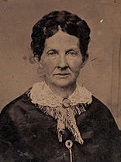
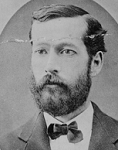





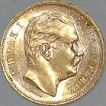





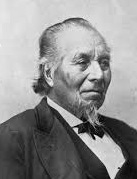




















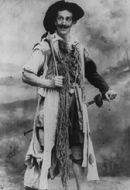
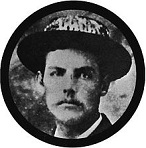


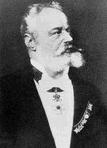





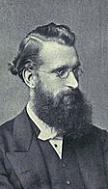




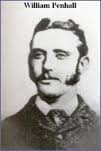










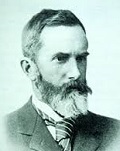
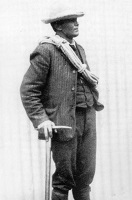
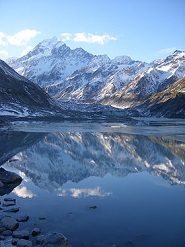

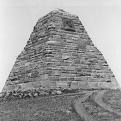




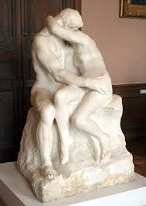
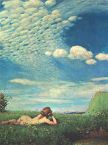
1882 Thank you, Waite Court? In 1882-1968 there are at least 4,743 lynchings in the U.S., 3,446 of them blacks; in 1889-1918 at least 3,224 people are lynched in the U.S., 2,552 of them blacks. Jewish immigration to the U.S. from Eastern Europe begins to greatly increase this year as mainly young people seek to escape the anti-Semitic stinkhole of Russia and Austria-Hungary; by 1927 80% of 4.2M U.S. Jews are of Eastern European origin. On Jan. 8 Britain and France issue a joint threat to intervene in the Orabi Rev. in Egypt on the side of the khedive against the nationalists, which only emboldens them, and in Feb. Ahmed Orabi becomes war minister in a new cabinet headed by Mahmud Sami al-Barudi, with the slogan "Egypt for the Egyptians", backed by the new Egyptian Nat. Party, leading to violent anti-European riots in Alexandria on June 1, in which many Europeans are killed; both France and Italy refuse Britain's plea to join them in fighting back, causing them to prepare to enter Egypt to fight the rebels alone. On Mar. 6 Paris-educated prince (since June 10, 1868) Milan Obrenovic (Obrenovich) IV (1854-1901) proclaims himself king of independent Serbia (until Mar. 6, 1889). The Earp legend continues, needing ever more detergent? On Mar. 18 Morgan Earp (b. 1851) is murdered while playing pool in Tombstone, Ariz. by members of the Clanton Gang, incl. Johnny Ringo; Earp brothers Wyatt and Virgil then begin the Earp Vendetta Ride, killing former Cochise Count sheriff and suspected stage robber Frank C. Stilwell (b. 1856) in the trainyards of Tucson, Ariz. as Morgan's body is being taken to Calif., then fleeing to Colo. in Apr.; on Mar. 24 after the Earp posse corners them in Iron Springs, Ariz., Wyatt Earp kills "Arizona's most famous outlaw" Curly Bill Brocius (b. 1845) in a shootout; James Earp, another Earp brother, is never involved with any of the shootouts but is later lumped in. On Mar. 23 the U.S. Congress, responding to moral outrage over the sexual practices of holier-than-thou Marry More and More Mens (Mormons) passes the U.S. Edmunds Anti-Polygamy Act, sponsored by U.S. Sen. (R-Vt.) (1866-91) George Franklin Edmunds (1828-1919), outlawing polygamy and "unlawful cohabitation", making most Mormon adults into instant criminals; 1.3K+ Mormon men are eventually imprisoned under this act. On Mar. 29 the monogamous-or-less Roman Catholic fraternal org. Knights of Columbus is chartered in the basement of St. Mary's Church on Hillhouse Ave. in New Haven, Conn. by Waterbury, Conn.-born Father Michael Joseph McGivney (1852-90) to provide insurance for Roman Catholic widows and orphans; at his death it has 6K members, growing to 1.7M by the end of the 20th cent. A dirty little coward provides the laundry booster for the legend of Mister Clean Jesse James? On Apr. 3 (Mon.) (22 years to the day after the Pony Express began there) while planning to rob the Platte City Bank, Mo., aging, married-with-kids living legend outlaw (son of a Baptist preacher) Jesse Woodson James (b. 1847) (whose portrait bears a striking resemblance to actor Kevin Norwood Bacon (1958-)?), living under the name of Tom Howard is assassinated in his house on Lafayette St. in St. Joseph, Mo. (shot in the back of the head as he stands on a chair to adjust a picture above the mantle) by gang member Robert Newton "Bob" Ford (1862-92) (whose portrait bears a striking resemblance to actor Leonardo DiCaprio (1974-)?) after he outdraws his brother Charles Wilson "Charley" "Charlie" Ford (1857-84), killing him with a gun Jesse gave to him as a gift, then telling the shocked widow he didn't do it or it was an accident; he later claims that Jesse just learned in the newspaper of the arrest three weeks earlier of former gang member Dick Liddil and connected it with them, then laid his guns down supposedly to avoid being spotted by neighbors, but really to throw the Fords off guard that he planned to kill them that night out of the presence of his wife and kids; after rushing to the telegraph office to claim the reward, then being arrested, pleading guilty and being convicted of murder and sentenced to hang, the Ford brothers are pardoned in two hours by Mo. gov. (1881-5) Thomas Theodore Crittenden (1832-1909) and given only a portion of their $5K reward (causing rumors that he had planned the murder with them), after which they tour the U.S. restaging the murder 800X (Bob can act, Charley can't?) (Bob's face becoming more recognizable than the president's?) after which Charley (who disputes his brother's protestations that he isn't a coward, falls out with him, and becomes wracked with guilt?) commits suicide on May 6, 1884, while Bob ends up being called a "dirty little coward" and widely hated, and Jesse becomes the American Robin Hood, after which drunken Bob is finally killed by a sawed-off shotgun in his saloon in Creede, Colo. on June 8, 1892; Jesse leaves widow (and 1st cousin) Zerelda Amanda "Zee" James (nee Mimms) (1845-1900) and two children, Jesse Edward and Mary James; Jesse's mother Zerelda denounces Dick Liddil at the coroner's inquest, accusing him of cooperating with Mo. authorities, and he later turns state's witness against Frank James; the cottage and the bullet hole in the wall become a tourist attraction; two days earlier Jesse attempted to change a $100 bill at the downtown Mo. State Bank, the oldest bank W of the Mississippi, possibly to case it for a heist; from 1875-1900 St. Jo, where East-West trade converged is one of the wealthiest cities in the U.S.; on Oct. 4 Frank James surrenders to Crittenden on condition of not being extradited to Northfield, Minn., and is tried in Gallatin, Mo. in July 1883 for the murder of stone mason Frank McMillan during a July 15, 1881 Rock Island Line train robbery near Winston; his Confederate cmdr. Gen. Joseph O. Shelby testifies in his defense drunk, and comes back the next day to apologize; on Sept. 6 after three days of summary arguments the jury returns a not guilty verdict in four hours; in Apr. 1884 he is acquitted by another jury in Huntsville, Ala. for the Mar. 11, 1881 robbery of a U.S. Army Corps of Engineers payroll at Muscle Shoals, Ala., and Frank becomes the only member of the James-Younger Gang to obtain an acquittal, going on to live to a ripe old age as a law-abiding citizen. On Apr. 1 Andy Adams goes on a cattle drive from the Rio Grande to Montana (ends in Sept.), and writes a journal; meanwhile John E. McDowell goes on a wagon train trip from Kansas to Washington state, and writes a journal. In Apr.-May after the English press reveals that his mistress had borne him children, Charles Stuart Parnell cops out and signs the Kilmainham Agreement (Treaty) in order to gain release from Kilmainham Jail, going back to working for Home Rule for Ireland; too bad, on May 6 the Fenians murder chief British secy. for Ireland, Lord Frederick Charles Cavendish (b. 1836) and his undersecy. Thomas Henry Burke (b. 1829) in Phoenix Park in Dublin in protest against the Coercion Act of 1881, and on Aug. 17 the Maamtrasna Murders of John Joyce and four members of his family take place, after which innocent non-English-speaking man Maolra Seoighe is hanged and four other innocent men jailed for life; Parnell distances himself from the radical Irish Nat. League and seems to be on the way to his dream until the Times of London pub. a forged letter in which he allegedly supports the murders, setting him back by making him fight it out in court to clear his name while Irish Home Rule goes down in Parliament; meanwhile the British respond by passing the Crimes Act of 1887, making the Coercion Act even more stringent. On May 6 English Queen Victoria gives 6K-acre Epping Forest in SE England between Greater London and Essex to the nation - so they Brits can forever play Robin Hood? On May 6 the U.S. Chinese Exclusion Act bans the importation of Chinese laborers to the U.S. for 10 years, since "the coming of Chinese laborers to this country endangers the good order of certain localities within the territory thereof"; too bad, it has the side-effect of altering the legal definition of U.S. citizenship, creating the concept of illegal alien, leading to passports; it isn't repealed until Dec. 17, 1943; meanwhile the N.M. Territory supreme court rules in Territory of New Mexico v. Yee Shun that Asians have the right to testify before a judge - here comes what right down Santa Claus lane? On May 10 the Alliance Colony Jewish agricultural community is founded in Pittsgrove Township, Salem County, N.J. after funding by the Baron de Hirsch Fund, named after the Alliane Israelite Universelle of Paris; by 1901 there are 151 adults and 345 children on 78 farms covering 1,886 acres; another Jewish agricultural colony is founded in Cumberland County, N.J.; too bad, they gradually fade away, while the Hirsch Villages founded in Israel blossom. On May 20 a 5-year Triple Alliance between Germany, Austria-Hungary, and Italy is signed in response to tensions with France (and later Russia), providing for aid by the other two if one of them is attacked by any other two great powers, or, for Germany and Italy, by France alone; Italy tells Britain that its actions are not to be regarded as directed against it; it is renewed until 1914. On May 22 the 9.3-mi.-long double-track Gotthard Rail Tunnel (begun Sept. 13, 1872) opens, becoming the first major railroad tunnel through the Alps. On June 6 8,878-ft. Mount Cinto, the highest peak in Corsica is scaled by Edouard Rochat; next May 26 English mountaineer Francis Fox Tuckett leads a party that ascends via Tuckett Pass. On June 16 a hailstone is found in Dubuque, Iowa measuring 17 in. (43.2 cm) and weighing 1.75 lb. (794 g). On June 30 pres. assassin Charles Julius Guiteau (b. 1841) is hanged after an 8-hour trial that incl. the passing around of Garfield's spine - Guiteau gets the galleaux? In June the Bank of Japan Act is passed, founding the Bank of Japan, which opens on Oct. 10. In June after balking at adopting white man's ways, 350 disgruntled Creeks under Ala.-born Chief Isparhecher (Ispaheche) (Spahecha) (1829-1902) based in Nuyaka, Okla. (near Okmulgee) begin a rebellion against the white-dominated Creek govt. in Indian Territory led by Checote, launching the Green Peach (Peach Orchard) War, and are defeated in Feb. 1883, after which a U.S. govt. commission meets with reps of both factions in Muskogee, holding an election for new chief on Sept. 3, which is won by Checote man Joseph Perryman, who mollifies loser Isparhecher by appointing him his rep in Washington, D.C. and recompensing him for his losses. In July after the fact that one of the 15 assassins of Tsar Alexander II, Gesya Gelfman (Hesya Helfman) was Jewish, causes pogroms, encouraged by his son Alexander III, starting on Apr. 15 in Elizavetgrad, the first group of the First Aliyah Jewish settlers, funded by French Rothschild banking family member Baron Edmond Benjamin James de Rothschild (1845-1934) ("the Famous Benefactor") arrives in Palestine from Kharkov, Russia, bringing 30K Jews from E Europe by 1904 to add to the 12K already there, dominated by Socialist Zionists who establish 23 kibbutzes (agricultural settlements); by 1914 2M Jews emigrate from Russia; the whole idea pisses off the Muslim Ottoman govt., which issues orders prohibiting Jewish settlement in Palestine, followed in 1892 by restrictions on purchasing land, although baksheesh-taking local officials look the other way; this year Lithuanian Jew Elieser (Eliezer) Ben-Yehuda (1858-1922) (original name Eliezer Yitzhak Perlman) emigrates to Palestine, dedicating himself to reviving Hebrew as a living language, and going on to pub. a Hebrew dictionary and coin new Hebrew words for modern living by transforming vernacular Arabic, causing Jewish to be adopted as the nat. language of Israel - he did what? In July Egyptian khedive Tawfik puts himself under the protection of British troops, who land in Egypt in Aug., and occupy it in Sept., making it a quasi-protectorate after sending an army into the Suez Canal and routing Col. Ahmed Orabi's nationalist army at the Battle of Tel El Kebir (Tel-el-Kebir) on Sept. 13, then occupying Cairo and defeating the nationalists; Orabi is exiled to Ceylon, and Tawfik is restored; Egypt maintains the legal fiction of Ottoman suzertainty until 1914; Britain controls Egypt for the next 40 years (until 1923) through its consul gen., although never actually declaring a protectorate, and announcing its intention of withdrawing as soon as order and good govt. have been restored, ending up occupying it for 72 years - did George Dubya learn anything from this? On Sept. 4 (3:00 p.m.) the Edison Electric Illuminating Co. opens the first commercial power plant in the U.S. on Pearl St. in Lower Manhattan, New York City. On Sept. 22 the Central Labor Union of New York City celebrates the first Labor Day ("devoted to no man, living or dead, to no sect, race or nation"), based on a proposal made by machinist Matthew Maguire, secy. of Local 344 of the Internat. Assoc. of Machinists in Paterson, N.J. (or Peter McGuire, gen. secy. of the Brotherhood of Carpenters and Joiners), marching from City Hall to Union Square (N of 14th St.) (named because Broadway and the Bowery used to join there, along with several trolley lines, not because of the federal union or labor unions); it is held again next year on the same date, then moved to the first Mon. in Sept. On Oct. 24 black man Charles Thurber is lynched in Grand Forks, N.D. for allegedly raping two white women. On Oct. 25 Pres. Arthur issues a proclamation, declaring Nov. 30 as Thanksgiving. On Oct. 26 the fishing village of Angoon in the panhandle of SE Alaska is shelled by U.S. gunboats during a whaling dispute; the U.S. govt. pays reparations of $90K in 1973 after the world's largest king salmon caught on sport tackle (87 lb.) is landed there in 1971. Who's going on the cannon and who's going on the crane? William Wallace's proud Scot heritage of fighting for their freedom continues in the Appalachian backwoods of the U.S.? On Nov. ? (Election Day) the Appalachian hillbilly families of William Anderson "Devil Anse" Hatfield of W. Va. and Randolph McCoy of Ky. begin the Hatfield and McCoy Feud after a McCoy accuses a Hatfield of stealing a pig, and three of McCoy's sons fatally shoot and stab Ellison Hatfield, causing Devil Anse Hatfield and his clan to get revenge by tying McCoys to pawpaw bushes along a riverbank and killing them; the feud ends in 1900 when Ellison Mounts, illegitimate son of Ellison Hatfield is hanged in Pikeville, Ky. for his part in a raid that kills two McCoys; did the McCoys have von Hippel-Lindau disease, possibly with pheochromocytomas (adrenal gland tumors), causing them to be easy to rile? In Nov. Am. journalist Charles Henry Dow (1851-1902), statistician (Brown U. dropout) Edward Davis Jones (1856-1920), and journalist Charles Milford Bergstresser (1859-1923) found Dow, Jones & Co. at 15 Wall Street in New York City; Bergstresser bankrolls the co. and acts as a silent partner, becoming known for how "He could make a wooden Indian talk, and tell the truth" (Jones). On Dec. 4 the U.S. Supreme (Waite) Court rules 5-4 in U.S. v. Lee that the U.S govt.'s seizure of Arlington House from the family of Confed. Gen. Robert E. Lee was illegal, returning it to them; next year they sell it back to the federal govt. for $150K. On Dec. 6 there is a rare Transit of Venus; Chile occupies Lima, confiscates Peruvian properties, and levies taxes to support its army, imposing Gen. Miguel Iglesias Pino de Arce (1830-1909) as pres. of Peru (until 1885); a neutral French fleet at Callao commanded by vice-adm. Abel-Nicolas Georges Henri Bergasse Dupetit Thouars (1832-90) (sent to pacify the Marquesas in 1880, which had been conquered by his uncle Abel Aubert Dupetit Thouars in 1842) saves Lima from being destroyed by threatening retaliation, making him a big hero and getting a street named after him. Bougainville Island in the Solomons comes under control of a German trading co. English explorers Sir Richard Burton and Verney Lovett Cameron visit Africa's Gold Coast in search of guess what. The Crash of 1882 almost causes the Paris Bourse to close. A Three-Mile Limit for territorial waters is agreed upon at The Hague Convention. The Married Women's Property Act gives married women in Britain the same property rights as unmarried women. Moscow stages the All-Russia Industry and Art Exhibition in Moscow. U.S. Supreme Court Justice Horace Gray hires the first U.S. Supreme Court Law Clerk; by modern times each associate justice is allowed four law clerks, and the chief justice five; seven have gone on eo become Supreme Court justices, incl. Byron White (Vinson, 1946-7), John Paul Stevens (Rutledge, 1947-8), William Rehnquist (Jackson, 1952-3), Stephen Breyer (Goldberg, 1963-4), John Roberts (Rehnquist, 1980-1), Elena Kagan (Marshall, 1987-8), and Neil Gorsuch (Kennedy and White, 1993-4); Alger Hiss, law clerk for Justice Oliver Wendell Holmes in 1929-30 is the only clerk convicted of federal felonies and sentenced to prison. The city of Regina (Lat. "Queen") in Saskatechewan, Canada (modern-day pop. 214K/236K) (originally Wascana = "Buffalo Bones" in Cree), named for Queen Victoria is established after being picked by Victoria's daughter Princess Louise, wife of the Marquess of Lorne, gov.-gen. of Canada; the capitol bldg. is at Victoria Ave. and Albert St.; the city of Saskatoon (Cree "place of many saskatoon berries") on the South Saskatechewan River in Saskatchewan, Canada (modern-day pop. 246K/295K) is founded by the Toronto-based Temperance Colonization Society as a dry community, going on to become the largest city in Saskatechewan. The town of Rifle, Colo. on Rifle Creek near its mouth on the Colorado River (40 mi. S of Meeker) is founded in former Ute country by Abram Maxfield, becoming a center for cattle ranching; it is incorporated on Aug. 18, 1905. Edward White Benson (1829-96), Queen Victoria's chaplain-in-ordinary in 1875 and bishop of Truro since 1876, who devised the Festival of Nine Lessons and Carols for Christmas Eve, 1880 is appointed archbishop of Canterbury (until 1896). The British Parliament enacts its first rule of cloture in order to silence pesky Irish Home Rule MPs, with 40 MPs being able to request the speaker to close debate; in 1887 this is changed to 200 MPs, or 100 MPs if the other side has less than 40 MPs. The London Chamber of Commerce is founded. Sussex, England-born William Herbert Purvis (1858-1950) introduces macadamia nuts to Hawaii as a windbreak for sugar cane using seeds from Australia, introducing the mongoose to control rats in 1883, which only turns them into pests too; in 1888 Charles Staff plants the first commecial macadamia orchard in Lismore, N.W.W., Australia; in 1910 the Hawaiian Agricultural Experiment Station calls for commercial planting of macadamias in the Kona district of the Big Island of Hawaii; in 1922 Ernest Van Tassel founds the Hawaiian Macadamia Nut Co. in Hawaii, leasing 75 acres on Round Top in Honolulu in 1825, and offering Van's Macadamia Nuts in 1931. Nine nations establish internat. polar stations for research. The Royal Polytechnic Inst. (originally The Polytechnic) in Upper Regent St., London is founded by Quintin Hogg to provide part-time education, becoming the first of many polytechnics. Aletta Henriette Jacobs (1854-1929), the first female univ. grad and first female physician in Holland founds the first known birth conrol clinic. French geographer Jean Jacques Elisee (Élisée) Reclus (1830-1905) founds the Anti-Marriage Movement in Switzerland and France, allowing his two daughters to marry without a civil or religious ceremony, pissing-off the French govt. into prosecuting him and fellow anarchist Peter Kropotkin (1842-1921), the latter getting five years while Reclus goes free. Scientists turn into intellectual whores when they visit mediums in an emotion-charged search for proof of the triple-axel-pyramidal trick of life after death? Now that the stage has been set by the demise of organized religion and the rise of organized science, Utilitarian philosopher Henry Sidgwick (1838-1901), glib classicist Frederic William Henry Myers (1843-1901) (coiner of the term "telepathy") et al. found the Society for Psychical Research in London England, giving a second chance for the boys who decided to get out of show business; Mark Twain (1835-1910), who had a recurring dream about his brother's death for 25 years joins; in 1885 new full prof. of philosophy Darwin's co-author Alfred Russel Wallace gets interested in spiritualism as a way to put a moral force into godless evolution and has a seance given by Scottish-born Conn. spiritual celeb Daniel Dunglas Home (1833-86), which shakes him up, although Robert Browning mocks him in his 1864 poem Mr. Sludge, the Medium; Boston housewife Leonora Piper (1857-1950) becomes a superstar medium, convincing Am. psychologist William James, British physicist Sir Oliver Lodge, and Australian psychical researcher Richard Hodgson (1855-1905), who spies on her during a 1888 blizzard in an attempt to expose her as a fraud, but is won over by a spiritual visit of a deceased friend; in 1900 Frederic Myers is convinced by new British medium Rosina Thompson (1868-?), who brings up the spirit of his dead lover Annie, embarrassing his wife, then accurately predicts his death within a year - first godless evolution, then a feeling of emptiness, and back to the old pagan demons, all within 30 years? British Gen. Charles George "Chinese" Gordon (1833-85), Queen Victoria's favorite gen., who had converted from Anglicanism to evangelical Christianity visits Palestine this year and next, and proposes that the site for Golgotha, where Christ was crucified was not N of the Holy Sepulchre, but near the Garden Tomb (unearthed in 1867), outside the Old City walls near the Damascus Gate, where a rocky escarpment looks like a skull, which is the real tomb of Christ were It Happened, not the traditional Holy Sepulchre. After graduating from Oxford U., Francis Robert "Frank" "F.R." Benson (1858-1939) makes his debut as Paris in Shakespeare's "Romeo and Juliet" in the Lyceum Theatre in London; in 1883 he founds his own co., which produces all but three of Shakespeare's plays, getting him knighted by George VI in 1916. Oscar Wilde makes his first visit to the U.S., and when asked if he had anything to declare, he replies "Nothing but my genius." A Statue of Robert Burns carved in Carrara marble from Italy is erected in Dumfries, Scotland. The Berlin Philharmonic Orchestra in Germany is founded. The Helsinki U. Chorus, Helsinki Philharmonic Orchestra, and Helsinki Music Inst. are founded, giving native Finnish Music a boost. The Princeton U. Art Museum in N.J. is founded. Charles U. in Prague is divided into separate German and Czech institutions. Mass. Inst. of Technology (MIT) establishes the first curriculum for electrical engineering within its physics dept. The Nat. Brewers' and Distillers' Assoc. is founded in Milwaukee, Wisc., home of Schlitz Brewing Co. The Matson Navigation Co., is founded by Swedish-born William Matson (Wilhelm Mattson) (1849-1917) (financed by his friend Claus Spreckels) to service the route between San Francisco, Calif. and Hawaii; its fleet of steamships grows to 14 by 1917. Architecture: White people in the Am. West create their own lost pyramid? The $65K Ames Monument, a 60-ft. granite pyramid is built by the Union Pacific Railroad between Cheyenne and Laramie, Wyo. (S of the Vedauwoo Balancing Rocks) to honor brothers Oakes Ames (1804-73) (the U.S. rep. from Mass. impeached in the Credit Mobilier scandal) and Oliver Ames Jr. (1807-77), who orchestrated the building of the first transcontinental railroad (and whose faces are carved on it by Augustus Saint-Gaudens facing E-W along the tracks), and sited at its highest point (8,247 ft.); Pres. Hayes attends the dedication ceremony; the nearby town of Sherman, where the train stops so that the helper engines can be removed becomes home to the railroad's board of dirs., who later leave after the track is rerouted (1902), causing it to become a ghost town; Oakes Ames' son Oliver Ames (1831-95) goes on to become Repub. gov. #35 of Mass. in 1887-90. Sports: The Am. Baseball Assoc. is founded (until 1891), challenging the NL for dominance incl. winning an early version of the World Series 7x. The Cincinnati Red Stockings baseball team wins its first AA title, going on to play the first game of the season at home nearly every year through 2008. The New York Gothams baseball time is founded, becoming the first ML team based in New York City, playing at the Polo Grounds, changing their name in 1886 to the New York Giants and developing a rivalry with the Brooklyn Dodgers. In June the Seventh-Inning Stretch is allegedly invented by Brother Jasper Brenna of Mary, F.S.C., coach at Manhattan College in N.Y. in a game against the semi-pro Metropolitans. We're old and gruff, we're not young and buff? Boston, Mass.-bred John Lawrence Sullivan (1858-1918) defeats Paddy Ryan (champ since 1880) on Feb. 7 in Mississippi City, Miss. in round 9 to win the heavyweight (bare knuckle) boxing title (until 1892). On Sept. 29 the U. of Minn. Golden Gophers football team plays its first game, defeating Hamline U. 4-0; in 1890 they defeat the rival U. of Wisc. Badgers 63-0. On Nov. 30 (Thur.) (Thanksgiving) after Yale and Princeton tie 0-0 for the last 3 years, the student-run Intercollegiate Football Assoc. holds its first Thanksgiving Day Championship Game, starting a tradition. Irish mountaineer Rev. William Spotswood Green (1847-1919) makes an unsuccessful attempt with two Swiss guides of 12,349 ft. (3,764m) Mount Cook (Aoraki), highest mountain in New Zealand; on Dec. 25, 1894 a party led by Kiwi mountaineer Thomas Camperdown "Tom" Fyfe (1870-1947) becomes the first to climb it; too bad, in Dec. 1991 a rockslide reduces its height to 12,218 ft. (3,724m). Inventions: The Bordeaux Mixture, the first herbicide (fungicide) (also an insecticide) is developed in France from lime and copper sulfate (bluestone); the usual formula is 4 lb. of each in 50 gal. of water; Parqauat (made from sodium, anhydrous ammonia, and chloromethane) is first synthesized; its herbicidal properties aren't recognized until 1955, and it is first marketed commercially for weed killing in 1961. The first Flip-Book Cartoons are patented in the U.S. by ? Am. inventor Amos Emerson Dolbear (1837-1910) patents a wireless telegraph that uses ground transmission up to a distance of 0.5 mi., then in 1886 patents a voice transmission system, preventing Guglielmo Marconi from operating in the U.S. until he buys him out. Thomas Edison designs the first hydroelectric plant in Appleton, Wisc. on the Fox River. The first Electric Cristmas Tree Lights are invented by Edward H. Johnson, vice-pres. of the Edison General Electric Co.: 80 red, white, and blue lights made and wired by hand. Alfred Nobel patents Ballistite, a smokeless gunpowder made from nitrocellulose and nitroglycerine, stabilized with diphenylamine; it is found to be good for rocket motors. Buffalo, N.Y. dentist A.P. Southwick first suggests the Electric Chair to replace hanging - he oughta know, he's tried? Schuyler Skaats Wheeler (1860-1923) invents the 2-blade electric fan. The modern Cream Separator is invented by ?. Science: After studying a horse parasite, Belgian biologist Edouard Van Beneden (1846-1910) discovers that every species has a characteristic number of chromosomes. Viennese physician Joseph Breuer (1842-1925) uses hypnosis to treat hysteria, founding the field of Psychoanalysis; meanwhile French neurologist Jean-Martin Charcot (1825-93) sets up the first neurology clinic in Salpetriere, where he loves to exhibit hysterical women, esp. "Blanche" (Marie Wittman), and grooms French-Polish student Joseph Jules Francois Felix Babinski (1857-1932) - here's how to turn porno into respectable science? Carl Langenbuch (1846-1901) of Germany performs the first Cholecystectomy (gall bladder removal). The first known specimen of Grevy's Zebra is sent to French pres. Jules Grevy, and named in his honor. Heinrich Hermann Robert Koch (1843-1910), prof. at the Berlin School of Medicine isolates the tuberculosis (TB) bacillus. German mathematician Carl Louis Ferdinand von Lindemann (1852-1939) proves that pi is transcendental (non-algebraic), i.e., not the root of any algebraic equation with rational coefficients, although, duh, irrational numbers such as the square root of 2 can be algebraic (solution of x^2 - 2 = 0). French chemist Francois-Marie Raoult (1830-1901) pub. Raoult's Law of freezing point depression of solutions by solutes. Nonfiction: Henry Brooks Adams (1838-1918), Life of John Randolph. Matthew Arnold (1822-88), Culture and Anarchy; Literature and Science. Mikhail Bakunin (1814-76), God and the State (posth.); written in 1871, it is discovered after his death, in an unfinished state, like all his work - after all, he's an anarchist? Bruno Bauer (1809-82), Disraeli's Romanticism and Bismark's Socialist Imperialism. Annie Besant (1847-1933), All Sorts and Conditions of Men. Wilfred Scawen Blunt (1840-1922), The Future of Islam; Islam is archaic and on the way out?; "Islam, if she relies only on the sword, must in the end perish by it, for her forces, vast as they are, are without physical cohesion, being scattered widely over the surface of three continents and divided by insuperable accidents of seas and deserts; and the enemy she would have to face is intelligent as well as strong, and would not let her rest." Daniel Garrison Brinton (1837-99), American Hero-Myths. Library of Aboriginal American Literature (8 vols.) (1882-90). Ferdinand Buisson (1841-1932), Dictionnaire de Pédagogie et d'Instruction Primaire (1882-7); becomes the Bible of the secular republican French educational system. Moncure D. Conway (1832-1907), Emerson at Home and Abroad; Travels in South Kensington, with Notes on Decorative Art and Architecture in England; Lessons for the Day, Delivered Before the South Place Religious Society (2 vols.). Mandell Creighton (1843-1901), A History of the Papacy During the Period of the Reformation (5 vols.) (1882-94). William Cunningham (1849-1919), Growth of English Industry and Commerce in Modern Times; becomes std. work. Ignatius Loyola Donnelly (1831-1901), Atlantis: The Antediluvian World; starts Atlantis mania; "Who shall say that one hundred years from now the great museums of the world may not be adorned with gems, statues, arms, and implements from Atlantis, while the libraries of the world shall contain translations of its inscriptions, throwing new light upon all the past history of the human race, and all the great problems which now perplex the thinkers of our day?" Queen Elizabeth of Romania (1843-1916), Pensees d'une Reine (autobio.). Anselm von Feuerbach (1829-80), Ein Vermachtnis von Anselm Feuerbach (autobio.) (posth.). James Anthony Froude (1818-94), Thomas Carlyle (2 vols.) (1882-4); incl. "A History of the First Forty Years of His Life", "A History of His Life in London, 1834-1881"; causes a war with Carlyle's niece Mrs. Alexander Carlyle, who doesn't want his dirty laundry aired. Pat Garrett (1850-1908), The Authentic Life of Billy, the Kid (Apr.); a flop. H. Rider Haggard (1856-1925), Cetywayo and His White Neighbours: Remarks on Recent Events in Zululand, Natal and the Transvaal. Henry Houssaye (1848-1911), The Number of Citizens of Athens in the Fifth Century B.C.E.. William Stanley Jevons (1835-82), The State in Relation to Labour. Fanny Kemble (1809-93), Records of Later Life; Notes on Some of Shakespeare's Plays. Heinrich Laube (1806-84), Erinnerungen, 1841-1881) (autobio.). William Morris (1834-96), Hopes and Fears for Art. John Ballou Newbrough (1828-91), Oahspe: A New Bible; produced by a Mohicanville, Ohio-born dentist via automatic writing; how "aliens" or "angels" traveled in "fire-ships" to transplant animals, plants, and humans through the Universe and revealed the name of "Jehovih"; in 1884 he founds the "Faithist" colony of Shalam in Las Cruces, N.M., which houses orphaned city children in a 20-room house built in 1890; it folds in 1901. Friedrich Nietzsche (1844-1900), The Joyful (Gay) Science (Die Frohliche Wissenschaft); introduces the Death of God, Eternal Recurrence (Return), and the Ubermensch (Übermensch) (Superman) (Overman). Maffeo Pantaleoni (1857-1924), Theory of Tax Shifting; an analysis of tax incidence, founding Public Choice Theory. Walter Herries Pollock (1850-1926), Songs and Rhymes: English and French. Ernest Renan (1823-92), Q'est-ce qu'une Nation?; speech delivered on Mar. 11 at the Sorbonne. Theodore Roosevelt (1858-1919), The Naval War of 1812; or The History of the United States Navy During the Last War with Great Britain to Which Is Appended an Account of the Battle of New Orleans (first book); becomes a std. work, establishing his rep. Philip Schaff (1819-93), History of the Christian Church (8 vols.); "Jesus Christ, the God-Man, the prophet, priest, and king of mankind, is, in fact, the centre and turning-point not only of chronology, but of all history, and the key to all its mysteries. Around him, as the sun of the moral universe, revolve at their several distances, all nations and all important events, in the religious life of the world; and all must, directly or indirectly, consciously or unconsciously, contribute to glorify his name and advance his cause." Philip Schaff (1819-93) and Johann Jakob Herzog (1805-82) (eds.), The Schaff-Herzog Encyclopedia of Religious Knowledge (1882-4). Horace Elisha Scudder (1838-1902), Noah Webster. William Sharp (1855-1905), Dante Gabriel Rossetti: A Record and Study. Leslie Stephen (1832-1904), The Science of Ethics. William Graham Sumner (1840-1910), Andrew Jackson As a Public Man. Leo Tolstoy (1828-1910), A Confession; about his midlife existential crisis and religious awakening. Aubrey Thomas de Vere, The Foray of Queen Maeve and Other Legends of Ireland's Heroic Age. Music: Edmond Audran (1842-1901), Gillette de Narbonne (Paris). Ernest Chausson (1855-99), Poeme de l'Amour e de la Mer, Op. 19; lyrics by M. Bouchor. Claude Debussy (1862-1918), Le Printemps (orchestral suite). Sir William Schwenck Gilbert (1836-1911) and Sir Arthur Sullivan (1842-1900), Iolanthe (London) (comic operetta #7); satires the British House of Lords. Charles Gounod (1818-93), La Redemption (oratorio) (Birmingham). Karl Millocker (1842-99), Der Bettelstudent (The Beggar Student) (operetta) (Theater an der Wien, Vienna) (Dec. 6) (5K perf.); libretto by Friedrich Zell (under alias Camillo Walzel) and Richard Genee; based on "Les Noces de Fernande" by Victorien Sardou and "The Lady of Lyons" by Edward Bulwer-Lytton. O.W. Norton, Taps; replaces "Extinguish the Lights" in the U.S. Army. Nikolai Rimsky-Korsakov (1844-1908), The Snow Maiden (opera) (St. Petersburg). Pat Rooney, The Life of Reilley; "Is that Mr. Reilly that owns the hotel?/ Well, if that's Mr. Reilly, they speak of so highly,/ Upon me soul, Reilly, you're doin' quite well." Peter Tchaikovsky (1840-93), The 1812 Overture; calls it "loud and noisy". Richard Wagner (1813-83), Parsifal (opera) (Beyreuth) (July 26) (last opera); Parsifal, a "pure fool" is seduced by Kundry, female slave of evil magician Klingsor, but kills him and recovers the Spear of Christ to vindicate King Amfortas, knight of the Holy Grail; by tradition there is no applause after the first act because it's a "Buhnenweihfestspiel" (festival play for the consecration of the stage). Art: George Henry Boughton (1833-1905), Weeding the Garden. Paul Cezanne (1839-1906), Self-Portrait. Jean-Leon Gerome (1824-1904), The Tulip Folly. Jule Joseph Lefebvre (1836-1911), The Japonaise; Pandora. Edouard Manet (1832-83), Bar aux Folies-Bergere. Auguste Rodin (1840-1917), The Kiss; sculpture of Paolo and Francesca da Ramini inspired by Dante's "Inferno" (Circle 2, Canto 5); Paolo holds a copy of "Lancelot and Guinevere"; the lovers' lips do not touch because Paolo's brother Giovnni Malatesta (Francesca's hubby) murders them; shows the woman as an active partner, not totally submissive, outraging Victorian society; displayed at the 1889 Paris Exposition Universelle, and at the 1893 World's Columbian Exposition in Chicago, Ill. in a guarded chamber; many copies are made by Rodin in bronze, terracotta, and plaster; the sculpture supposedly brings the era of classical art to an end; Rodin calls it "complete in itself and artificially set apart from the surrounding world." John Singer Sargent (1856-1925), The Daughters of Edward D. Boit. Pal Szinyei-Merse (1845-1920), Lark. Plays: F. Anstey, Vice Versa. (Am. RepertoryLes Corbeaux. Henry Becque (1837-99), Les Corbeaux. Bronson Crocker Howard (1842-1908), Young Mrs. Winthrop. Victor Hugo (1802-85), Torquemada. Henrik Ibsen (1828-1906), An Enemy of the People; written while living in Rome; Dr. Stockman criticizes the town's draining system and is stifled. Henry Arthur Jones (1851-1929) and Henry Herman, The Silver King (Nov.); a hit, allowing Jones to retire from being a traveling salesman. Joaquin Miller (1837-1913), The Danites; based on his novel. George Bernard Shaw (1856-1950), Widowers' Houses (first play); Cashel Byron's Profession. Victorien Sardou (1831-1908), Fedora (Fédora); stars Sarah Bernhardt as Princess Fedora Romazov, who wears a center-creased soft-brimmed felt hat that starts a fashion trend that really picks up after Prince Edward of Wales starts wearing them in 1924, although Orthodox and Haredi Jews begin wearing black fedoras in the early 1900s; debuts in the U.S. in 1889. Poetry: Bronson Alcott (1799-1888), Sonnets and Canzonets. Giosue Carducci (1835-1907), Giambi ed Epodi. Eugene Field (1850-95), The Denver Tribune Primer. Paul Hamilton Hayne (1830-86), Collected Poems. Robert Hamerling (1830-89), Amor una Psyche. Andrew Lang (1844-1912), Helen of Troy. Andrew Lang (1844-1912), Walter Leaf (1852-1927), and Ernest James Myers (tr.), Homer's Iliad. George Moore (1852-1933), Pagan Poems; written in Paris. Sir Lewis Morris (1833-1907), Poetical Works. William Sharp (1855-1905), The Human Inheritance, The New Hope, Motherhood and Other Poems (debut). Edward Rowland Sill (1841-87), The Venus of Milo, and Other Poems. Algernon Charles Swinburne (1837-1909), Tristram of Lyonesse. Novels: Pedro Antonio de Alarcon (1833-91), La Prodiga. Jules Amedee Barbey d'Aurevilly (1808-89), The Story without a Name (Une Histoire sans Nom). Walter Besant (1836-1901), All Sorts and Conditions of Men (3 vols.); The Revolt of Man; gender roles reversed. Louis Henri Boussenard (1847-1910), Les Robinsons de la Guyane. Francis Marion Crawford (1854-1909), Mr. Isaacs (first novel). Felix Dahn (1834-1912), Short Novels of the Migrations (13 vols.) (1882-1901). William Clark Falkner (1825-89), The Little Brick Church. Theodor Fontane (1819-98), L'Adultera; about adultery; takes two years to find a publisher. Renato Fucini (1843-1921), Le Veglie di Neri: Paesi e Figure della Campagna Toscana. Theophile Gautier (1811-72), One of Cleopatra's Nights and Other Fantastic Romances (posth.) (short stories); tr. by Lafcadio Hearn. Karl Gjellerup (1857-1919), The German Student; a young Dutchman goes from a theologian to a Pro-German atheist intellectual. Edmond de Goncourt (1822-96), La Faustin. Ludovic Halevy (1834-1908), L'Abbe Constantin; big hit. Thomas Hardy (1840-1928), Two on a Tower; bored Lady Viviette Constantine hooks up with amateur astronomer Swithin St. Cleeve, who makes her pregnant, then dumps her for organist Tabitha Lark. Margaret Wolfe Hungerford (1855-97), Portia; or By Passions Rocked. J.K. Huysmans (1848-1907), A Vau-l'Eau. Jens Peter Jacobsen (1847-85), Mogens and Other Tales. Richard Jefferies (1848-87), Bevis; sequel to "Wood Magic" (1881). Emily Lawless (1845-1913), A Chelsea Householder (first novel). Pierre Loti (1850-1923), Les Trois Dames de la Kasbah. Conrad Ferdinand Meyer (1825-98), Gustav Adolf's Page. Kalman Mikszath (1847-1910), The Good People of Paloc; Paloc is the home of Hungary's largest ethnic minority; coins the phrase "The Slovak kinsmen and the good people of Paloc"; spawns Paloc Soup. Petroleum V. Nasby (1833-88), Nasby in Exile. Margaret Oliphant (1828-97), A Little Pilgrim in the Unseen. Ouida (1839-1908), Bimbi: Stories for Children. Raffi (1835-88), David Bek. Robert Louis Stevenson (1850-94), The New Arabian Nights; Prince Florizel; Treasure Island (original title "The Sea-Cook"); narrated by Jim Hawkins; pirate Ben Gunn is marooned there, and digs up the treasure; the first thing he wants when he sees Hawkins is a piece of cheese; the "Black Spot" is ?iven to announce a death verdict, and causes Billy Bones to suffer a fatal stroke; when Long John Silver gets one, he yawns it off and points out that it's a no-no to tear one out of a Bible; Capt. Smollett's 200-ton ship the Hispaniola; Long John Silver is based on amputee poet friend William Ernest Henley (1849-1903), author of Invictus; it all starts when Stevenson draws a treasure map for his stepson?; "15 men on a dead man's chest, yo-ho-ho and a bottle of rum". Frank Richard Stockton (1834-1902), The Lady, or the Tiger? August Strindberg (1849-1912), The New Country; Swedish Destiny and Adventure (short stories) (1882-91). Anthony Trollope (1815-82), The Fixed Period. Mark Twain (1835-1910), The Prince and the Pauper; Tom Conty is the dead ringer of Prince Edward in the 1500s. Jules Verne (1828-1905), School for Crusoes (Godfrey Morgan: A Californian Mystery); based on Daniel Defoe's "Robinson Crusoe" (1719); Godfrey Morgan and his teacher Prof. T. Artelett leave San Francisco, Calif. on a round-the-world ocean voyage, and end up as castaways on an uninhabited island in the Pacific, where they later encounter African slave Carefinotu, brought by cannibals. Births: Czech journalist-novelist Ivan Olbracht (Kamil Zeman) (d. 1952) on Jan. 6 in Semily; son of Antal Stasek. U.S. Rep. (D-Tex.) (1913-61) and House Speaker (1940-7, 1949-53, 1955-61) Samuel "Mister Sam" Taliaferro Rayburn (d. 1961) on Jan. 6 in Roane County, Tenn.; grows up poor, and dies with modest means despite all the chances to go on the take; coiner of the term "Sun Belt". English "Garrison Follies" comedian-producer Barry Lupino (George Barry Hook) (d. 1962) on Jan. 7 in London; brother of Stanley Lupino (1893-1942). English "Sea Hawk" actor Milton Sills (d. 1930) on Jan. 12 in Chicago, Ill. Am. "The Story of Mankind" juvenile historian-journalist Hendrik Willem van Loon (d. 1944) on Jan. 14 in Rotterdam, Netherlands; emigrates to the U.S. in 1903; educated at Cornell U. Am. "Sgt. Gonzales in The Mark of Zorro" actor Noah Beery Sr. (Noah Nicholas Beery) (d. 1946) on Jan. 17 in Kansas City, Mo.; father of Noah Beery Jr. (1916-94); brother of actor Wallace Beery (1885-1949); both brothers die on April Fool's Day? Am. 1919 Black Sox World Series Scandal crime boss (Jewish) Arnold "the Brain" Rothstein (d. 1928) on Jan. 17 in New York City. English "Winnie the Pooh" playwright-novelist and children's writer A.A. (Alan Alexander) Milne (d. 1956) on Jan. 18 in Kilburn, London; Scottish father; father of Christopher Robin Milne (1920-96); educated at Westminster School, and Trinity College, Cambridge U. Am. mobster John (Giovanni) "Papa Johnny" "The Fox" "The Immune" Torrio (d. 1957) on Jan. 20 in Irsina, Basilicata, Italy; emigrates to the U.S. in 1902. French "The War of the Buttons" novelist-poet Louis Pergaud (d. 1915) on Jan. 22 in Belmont, Doubs. English "Mrs. Dalloway", "To the Lighthouse", "Orlando" writer-novelist (bi) (bipolar?) "Who's Afraid of" (Adeline) Virginia Woolf (nee Stephen) (d. 1941) on Jan. 25 in Kensington, Middlesex,London; daughter of philosopher Sir Leslie Stephen (1832-1904); wife (1912-) of "penniless Jew" Leonard Woolf (1880-1969); educated at King's College, London; member of the Bloomsbury Group, based in her house at 46 Gordon Square; likes to write standing up - and pee how? British naval attache Capt. Francis Newton Allen Cromie (d. 1918) on Jan. 30 in Ireland. Please allow me to introduce myself, I'm a man of wealth and taste? U.S. pres. #32 (1933-45) (Freemason) (philatelist) (America's answer to Stalin?) Franklin Delano Roosevelt (d. 1945) on Jan. 30 [Aquarius] in Hyde Park, N.Y.; only child of James Roosevelt (1828-1900) and Sara Ann Roosevelt (1854-1941); related to Theodore Roosevelt (1858-1919), whose father Isaac was a 4th-gen. descendant of Nicholas Roosevelt (1658-1742), a 6th-gen. ancestor of Teddy (5th cousins); also related to Salem Witch Trials judge William Stoughton (1631-71), whose mother Mary Rebecca Aspinwall (1809-86) was a 6th-gen. descendant of his sister Rebecca; born into an aristocratic family, he becomes a mama's boy, and is home schooled until age 14, parting his hair in the middle; attends Groton Academy in Mass.; educated at Harvard U., and Columbia U.; one of the most loved and most hated men in U.S. history? - going straight on, straight on for you? Czech "Robinsonka" novelist Marie Majerova (Majerová) (d. 1967) on Feb. 1 in Uvaly. Canadian PM #12 (1948-57) Louis Stephen (Louis-Etienne) St. Laurent (d. 1973) on Feb. 1 in Compton, Quebec. Greek-Danish Schleswig-Holstein-Sonderburg-Glucksburg prince Andrew (d. 1882) on Feb. 2 (Jan. 20 Old Style) in Athens; 4th son of George I (1845-1913) and grand duchess Olga Konstantinova (1851-1926); husband (1903-) of Princess Alice of Battenberg (1885-1969); father of Prince Philip, duke of Edinburgh (1921-). Irish Joycean "Ulysses", "Finnegans Wake" novelist-poet (alcoholic) James Augustine Aloysius Joyce (d. 1941) on Feb. 2 in Rathgar, Dublin; eldest of 10 children; educated at University College, Dublin; likes to write while lying on his stomach wearing a white coat and using large blue pencils. Canadian poet Edwin John Pratt (d. 1964) on Feb. 4 in Western Bay, Newfoundland. Am. 5'9" college basketball coach-player Harold A. "Harry" Fisher (d. 1967) on Feb. 6 in New York City; educated at Columbia U. Am. economist-ambassador Henry Francis Grady (d. 1957) on Feb. 12 in San Francisco, Calif.; educated at Columbia U. U.S. Dem. First Lady (1945-53) Bess Wallace Truman (nee Elizabeth Virginia Wallace) (d. 1982) on Feb. 13 in Independence, Mo.; wife (1919-72) of Harry S. Truman (1884-1972). Am. "American Mercury" mag. co-founder George Jean Nathan (d. 1958) on Feb. 14 in Ft. Wayne, Ind.; known for hypercritical acid-tinged prose. Am. "Grand Hotel", "Dinner at Eight" actor ("the Great Profile") John Barrymore (John Sidney "Jack" Blyth) (d. 1942) on Feb. 15 in Philadelphia, Penn.; son of Maurice Barrymore (1849-1905) and Georgiana Drew (1856-90); brother of Lionel Barrymore (1878-1954) and Ethel Barrymore (1879-1959); husband of Dolores Costelo (1903-79); father of John Drew Barrymore (1932-2004); grandfather of Drew Barrymore (1975-); gives up the stage for Hollywood in 1926 at age 44. Paraguayan pres. (1949-54) Federico Chavez Careaga (d. 1978) on Feb. 15 in Paraguari; Portuguese father. Romanian Gen. Petre Dumitrescu (d. 1950) on Feb. 18 in Dobridor, Dolj. Am. sociologist Emory Stephen Bogardus (d. 1973) on Feb. 21 near Belvidere, Ill. English typographer-artist-critic-philosopher Arthur Eric Rowton Gill (d. 1940) on Feb. 22 in Brighton, East Sussex; known for carving inscriptions on tombstones, for his Gill-Sans and Perpetua typefaces, for his devout Roman Catholic philosophy, and sexual perversions. Mystery "The Death Ship", "The Treasure of the Sierra Madre" novelist (in Mexico) B. Traven (d. 1969) on Feb. 23 (Feb. 25?) (May 3, 1890?) in ?. U.S. Rep. (D-Tex.) (1917-40) and federal judge John Marvin Jones (d. 1976) on Feb. 26 near Valley View, Tex.; educated at Southwestern U., and UTA. Am. Pearl Harbor patsy Adm. Husband Edward Kimmel (d. 1968) on Feb. 26 in Henderson, Ky. U.S. Sen. (D-Mont.) (1923-47) Burton Kendall Wheeler (d. 1975) on Feb. 27 in Hudson, Mass. Am. operatic soprano and silent film actress Geraldine Farrar (d. 1967) on Feb. 28 in Melrose, Mass. Am. Ponzi Scheme swindler Charles (Carlo) K. Ponzi (d. 1949) on Mar. 3 in Lugo, Italy; emigrates to the heaven-heartache-and-the-power-of-love U.S. in 1903. Am. "Captain Blood", "42nd Street", "Mr. Smith Goes to Washington" actor Guy Bridges Kibbee (d. 1956) on Mar. 6 in El Paso, Tex. Bolivian pres. (1930-1) Gen. Carlos Blanco Galindo (d. 1943) on Mar. 12 in Cochabamba. Polish "Sierpinski Carpet" mathematician Waclaw Franciszek Sierpinski (d. 1969) on Mar. 14 in Warsaw. Am. Olympic runner James Davies "Jim" Lightbody (d. 1953) on Mar. 16 in Pittsburgh, Penn. Italian "Rispetti e Strombotti" composer Gian Francesco Malipiero (d. 1973) on Mar. 18 in Venice. Am. "Standing Woman" fat-women-are-cool sculptor Gaston Lachaise (d. 1935) on Mar. 19 in Paris; emigrates to the U.S. in 1906; known for his massively proportioned nude babes. Polish PM #13 (1925-6) Count Alexander (Aleksander) Jozef Skrzynski (d. 1931) on Mar. 19 in Zagorzany, Gorlice County. German mathematician Emmy Amalie Noether (d. 1935) on Mar. 23. Am. Samsonite Co. founder (Jewish)Jesse Shwayder (d. 1970) on Mar. 26 in Black Hawk, Colo.; of Polish-Jewish descent. English Freudian child psychologist (Jewish) (co-founder of Object Relations Theory) Melanie Reizes Klein (d. 1960) on Mar. 30 in Vienna, Austria; emigrates to England in 1926; believes that brats start out in the paranoid-schizoid phase, followed by the depressive phase, and construct elaborate "phantasies" about the "good breast" and the "bad breast"; "The dominant aim is to possess himself of the contents of the mother's body and to destroy her by means of every weapon which sadism can command" - mother jokes here? Am. Socialist labor leader (Jewish) Rose Schneiderman (d. 1972) on Apr. 6 in Saven, Poland; emigrates to the U.S. in 1890. German chancellor (1932-3) gen. Kurt von Schleicher (d. 1934) on Apr. 7 in Brandenburg an der Havel. U.S. labor secy. #4 (1933-45) (first woman U.S. cabinet member) Frances Coralie Perkins (d. 1965) on Apr. 10 in Boston, Mass.; educated at Mount Holyoke College, and Columbia U. Austrian Vienna Circle philosopher (father of Logical Positivism) Moritz Schlick (d. 1936) on Apr. 14 in Berlin. Am. "The Bridge of San Luis Rey" dir. Charles J. Brabin (d. 1957) on Apr. 17 in Liverpool; husband (1921-55) of Theda Bara (1885-1955). Am. "Web of Government" sociologist Robert Morrison MacIver (d. 1970) on Apr. 17 in Stornoway, Isle of Lewis, Scotland; educated at the U. of Edinburgh, and Oxford U. Am. pianist-composer (Jewish) Arthur (Artur) Schnabel (d. 1951) on Apr. 17 in Kunzendorf, Bielitz, Galicia, Silesia; emigrates to the U.S. in 1939; pupil of Theodor Leschetizky; father of Karl Ulrich Schnabel (1909-2001) and Stefan Schnabel (1912-99). British diplomat-politician (Roman Catholic turned Christian Scientist) Philip Henry Kerr, 11th Marquess of Lothian (d. 1940) on Apr. 18 in London. Am. Lilienfeld Radiation physicist (Jewish) Julius Edgar Lilienfeld (d. 1963) on Apr. 18 in Lemberg, Galicia, Austria-Hungary; emigrates to the U.S. in 1927; becomes a U.S. citizen in 1934; inventor of the electrolytic capacitor and field-effect transistor. Anglo-Am. "Disney's Fantasia" baton-eschewing Philadelphia Orchestra conductor Leopold Anthony Stokowski (Antoni Stanislaw Boleslawowicz) (d. 1977) on Apr. 18 in London (Cracow, Poland?); Polish father, Irish mother; educated at the Royal College of Music, and Queen's College, Oxford U.; emigrates to the U.S. in 1905; known for his lionlike mane of hair. Brazilian pres. (1930-45, 1950-4) Getulio Dornelles Vargas (d. 1954) on Apr. 19. U.S. Marine Corps Gen. Holland McTyeire "Howlin' Mad" Smith (d. 1967) on Apr. 20 in Seale, Ala. Am. high pressure physicist Percy Williams Bridgman (d. 1961) on Apr. 21 in Cambridge, Mass.; educated at Harvard U. English "The Eagle" composer-conductor Albert Coates (d. 1953) on Apr. 23 in St. Petersburg, Russia; English father, Russian mother; no relation to Eric Coates (1886-1957). British air chief marshal (RAF cmdr. during the Battle of Britain) Hugh Caswell Tremenheere "Stuffy" Dowding, 1st Baron Dowding (d. 1970) on Apr. 24 in Moffat, Scotland. French artist Edouard Leon Cortes (d. 1969) on Apr. 26. Am. "Comedy: American Style" Harlem Renaissance novelist-poet-writer (black) Jessie Redmon Fauset (d. 1961) on Apr. 27 in Fredericksville, N.J.; educated at Cornell U. (first black woman Phi Beta Kappa); mother of Arthur Fauset (1899-1983). Am. "Kings Row" novelist Heinrich Hauer "Henry" Bellamann (d. 1945) on Apr. 28 in Fulton, Mo. Italian tire manufacturer Alberto Pirelli (d. 1971) on Apr. 28 in Milan. U.S. Supreme Court justice #82 (1941-2), U.S. secy. of state #49 (1945-7), and Dem. S.C. gov. #104 (1951-5) (Episcopalian-turned-Roman Catholic) James Francis Byrnes (d. 1972) on May 2 in Charleston, S.C.; irish-Am. mother. Puerto Rican activist Isabel Gonzalez (d. 1971) on May 2 in San Juan. Australian geologist and antarctic explorer Sir Douglas Mawson (d. 1958) on May 5; knighted in 1912. English Communist suffragist Estelle Sylvia Pankhurst (d. 1960) on May 5 in Manchester; daughter of Richard Marsden Pankhurst (1834-98) and Emmeline Pankhurst (1858-1928); sister of Christabel Pankhurst (1880-1958) and Adela Pankhurst (1885-1961). German Prussian Hohenzollern crown prince (last) Wilhelm (William) (Friedrich Wilhelm Viktor Augustus Ernst) (d. 1951) on May 6 in Marmorpalais, Potsdam, Brandenburg; eldest son of Wilhelm II (1859-1941) and 1st wife Augustus Viktoria of Schleswig-Holstein (1858-1921); father of Prince Wilhelm (1906-40) and Prince Louis Ferdinand (1907-94). Am. Liberty Ship industrialist Henry John Kaiser (d. 1967) on May 9 in Sprout Brook, N.Y.; German immigrant parents; father of Edgar Fosburgh Kaiser Sr. (1908-81). Austrian "Romantic Piano Concerto" composer Joseph Rupert Rudolf Marx (d. 1964) on May 11 in Graz; known for his cordial relations with the Nazis. French Fauve artist and Cubism co-founder (with Picasso) ("if it ain't a Picasso it's his") Georges Braque (d. 1963) on May 13 in Argenteuil-sur-Seine; grows up in Le Havre. Am. silent film actress Betty Harte (Daisy Mae Light) (d. 1965) on May 13 in Lebanon, Penn. Am. historian and U.S. ambassador (to Spain) (Roman Catholic) ("Father of Nationalism") Carlton Joseph Huntley Hayes (d. 1964) on May 16 in Afton, N.Y.; educated at Columbia U. Am. baseball pitcher (Pittsburgh Pirates) Charles Benjamin "Babe" Adams (d. 1968) on May 18 in Tipton, Ind. Iranian PM (1951-3) Mohammed Mossadegh (Mossadeq) (d. 1967) on May 19 in Tehran. Norwegian "Kristin Lavransdatter" historical novelist Sigrid Undset (d. 1949) on May 20 in Kalundborg, Denmark; emigrates to Norway at age 2. Am. "Here Comes Mr. Jordan" actor James Gleason (d. 1959) on May 23 in New York City. Am. "Bread and Roses" poet-novelist James Oppenheim (d. 1932) on May 24 in St. Paul, Minn. English film actor-writer-dir. Guy Newall (d. 1937) on May 25 in Isle of Wight. Am. "The Gold Diggers", "The Bat", "The Alarm Clock" playwright ("the Playboy Playwright") (gay) Avery Hopwood (d. 1928) on May 28 in Cleveland, Ohio; educated at the U. of Mich. English "The Island Within" novelist-critic (Jewish) Ludwig Lewisohn (d. 1955) on May 30 in Berlin, Germany; emigrates to the U.S. in 1890; educated at Columbia U.; starts out Methodist then reconverts to Judaism after experiencing anti-Semitism in the U.S. English "Abraham Lincoln" poet-dramatist John Drinkwater (d. 1937) on June 1 in Leytonstone, London. Soviet microbiologist Nikolai Grigoryevich Cholodny (d. 1953) on June 10 (22?) in Tambov, Russia. British diplomat Sir Nevile Meyrick Henderson (d. 1942) on June 10 in Sedgwick, West Sussex; educated at Eton College. Romanian dictator (1940-44) Ion Victor Antonescu (d. 1946) on June 15 in Pitesti. Kiwi surgeon (in Britain) ("the Father of Plastic Surgery") Sir Harold Delf Gillies (d. 1960) on June 17 in Dunedin; educated at Gonville and Caius College, Cambridge U.; knighted in 1930. Russian "Rite of Spring" composer Igor Fyodorovich Stravinsky (d. 1971) on June 17 in Orlenbaum. Bulgarian Communist dictator #1 (1946-9) Georgi Mikhaylovich Dimitrov (d. 1949) on June 18 in Kovachevtsi, Pernik Province; Protestant mother. Am. Garden City Movement architect (Jewish?) Clarence Samuel Stein (d. 1975) on June 19; educated at Columbia U. Am. realist artist-illustrator-author and liberal activist Rockwell Kent (d. 1971) on June 21 in Tarrytown, N.Y. Am. Dr. Scholl's foot care king (arch support inventor) William Mathias Scholl (d. 1968) on June 22 in La Porte, Ind.; educated at Loyola U., and Chicago Medical School. Am. Holland Tunnel civil engineer Ole Knutsen Singstad (d. 1969) on June 29 in Agdenes, Lensvik, Norway; emigrates to the U.S. in 1905; becomes U.S. citizen in 1911. Indian Chishti Sufi musician (founder of the Internat. Sufi Movement) Inayat Khan (d. 1972) on July 5 in Vadodara, Gujarat. Am. "Country Gardens" composer-composer Percy Aldridge Grainger (d. 1961) on July 8 in Melbourne, Victoria, Australia. Am. "Dracula", "Freaks" film dir. Tod (Charles Albert) Browning Jr. (d. 1962) on July 12 in Louisville, Ky. Am. "Sitting Bull in Branded", "Brother Jasper in Combat!" actor Felix Locher (d. 1969) on July 16 in Switzerland; father of Jon Hall (1915-79). Australian "Visitors to Hugo" novelist Alice Grant Rosman (d. 1961) on July 18 in Kapunda, South Australia. Am. Columbia Pictures co-founder Joe Brandt (d. 1939) on July 20 in Troy, N.Y.; educated at NYU. Am. fax machine inventor Herbert Eugene Ives (d. 1953) on July 21 in Philadelphia, Penn.; educated at the U. of Penn., and Johns Hopkins U. Am. realist "Nighthawks" painter Edward Hopper (d. 1967) on July 22 in Nyack, N.Y.; studies with William Chase, Robert Henri, and Kenneth Hayes Miller. Australian "Middle Parts of Fortune" poet-critic-writer Frederic Manning (d. 1935) on July 22 in Sydney, N.S.W.; of Roman Catholic Irish origin. Am. "How Green Was My Valley" actor-dir. George William "Donald" Crisp (d. 1974) on July 27 in Bow, London, England; of Scottish descent; educated at Oxford U.; emigrates to the U.S. in 1906; husband (1932-44) of Jane Murfin (1884-1955). British aviation pioneer Capt. Sir Geoffrey de Havilland 9d. 1965) on July 27 in High Wycombe, Buckinghamshire; knighted in 1944; cousin of Olivia de Havilland and Joan Fontaine. Italian Fascist gen. Rodolfo Graziani, 1st Marquess of Neghelli (d. 1955) on Aug. 11 in Filettino (near Frosinone); starts out in WWI as the youngest col. in the Italian army. Bulgarian PM (1934-5, 1944-6) Gen. Kimon Georgiev Stoyanov (d. 1969) on Aug. 11 in Pazardzhik. Am. "Up the Hudson" painter George Wesley Bellows (d. 1925) on Aug. 12 (19?) in Columbus, Ohio; pupil of William Chase, Kenneth Hayes Miller, and Robert Henri; known for his paintings of amateur boxing matches. Am. silent film actress Mae Costello (nee Altschuk) (d. 1929) on Aug. 13 in Brooklyn, N.Y.; German Bavarian immigrant father; wife (1902-27) of Maurice Costello (1877-1950); mother of Helene Costello and Dolores Costello (1903-79), wife (1928-34) of John Barrymore (1882-1942); grandmother of John Drew Barrymore (1932-2004); great-grandmother of Drew Barrymore (1975-). Am. composer (lesbian?) Marion Eugenie Bauer (d. 1955) on Aug. 15 in Walla Walla, Wash.; French-Jewish immigrant parents. Am. New Age writer Corinne Heline (d. 1975) on Aug. 18 in Atlanta, Ga. Am. "I Didn't Raise My Boy to Be a Soldier" composer John Alberto Joseph "Al" Piantadosi (d. 1955) on Aug. 18 in Manhattan, N.Y. Austrian "The Eyewitness" novelist (Jewish) Ernst Weiss (d. 1940) on Aug. 18 in Brno, Moravia. British auto racer Dario "Dolly" Resta (d. 1924) on Aug. 19 in Faenza, Italy; emigrates to Britain in 1884. French aviatrix #1 Elise Raymonde de Laroche (Deroche) (d. 1919) on Au. 22 in Paris. German "Franck-Hertz Experiment" physicist (Jewish) James Franck (b. 1882) on Aug. 26 in Hamburg; educated at the U. of Berlin. German "In the Last Coach" expressionist novelist (Jewish) Leonhard Frank (d. 1961) on Sept. 4 in Wurzburg. Am. "The Katzenjammer Kids" cartoonist Harold Hering Knerr (d. 1949) on Sept. 4 in Bryn Mawr, Penn. Am. actor-dir. Harry C. "Henry" Myers (d. 1938) on Sept. 5 in New Haven, Conn.; husband of Rosemary Theby (1892-1973). Danish silent film actress ("the Silent Muse") ("Die Asta") Asta Sofie Amalie Nielsen (AKA Die Asta) (d. 1972) on Sept. 11 in Vesterbro, Copenhagen. German field marshal (CIC of the German Army in 1938-45) Wilhelm Bodewin Johann Gustav Keitel (d. 1946) on Sept. 22 in Helmscherode, Brunswick (near Hanover); highest-ranking German soldier tried at Nuremberg. Am. A&W Root Beer founder Roy W. Allen (d. 1968) on Sept. 30 in Ill. Am. "Thunderbolt" actor George Bancroft (d. 1956) on Sept. 30 in Philadelphia, Penn.; known for his inflated ego, once refusing to fall down on a set after a prop revolver is fired at him, saying "Just one bullet can't stop Bancroft". German Geiger Counter scientist Johannes Wilhelm "Hans" Geiger (d. 1945) on Sept. 30 in Neustadt-an-der-Haardt; educated at the U. of Erlangen. Soviet field marshal (1940-) Boris Mikhailovich Shaposhnikov (d. 1945) on Oct. 2 (Sept. 20 Old Style) in Zlatoust (near Chelyabinsk). Canadian Toronto Group of Seven landscape painter Alexander Young "A.Y." Jackson (d. 1974) on Oct. 3 in Montreal, Quebec. Am. film producer-dir.-writer Guy Blache (Blaché) (d. 1953) on Oct. 5 in London, England; French mother; emigrates to the U.S. in 1910; husband (1907-) of Alice Guy Am. rocket scientist ("Father of the Rocket") Robert Hutchings Goddard (d. 1945) on Oct. 5 in Worcester, Mass.; gets his big inspiration in a cherry tree on Oct. 19, 1899; educated at Worcester Polytechnic Inst., Clark U., and Princeton U. - got a God complex? Am. "Big Rock Candy Mountain", "The Old Chisholm Trail" singer-songwriter Harry Kirby "Haywire Mac" McClintock (d. 1957) on Oct. 8 in Knoxville, Tenn. Am. "Second Hand Rose", "The Trail of the Lonesone Pine", "Rose of Washington Square" lyricist Ballard MacDonald (d. 1935) on Oct. 15 in Portland, Ore. Irish statesman, PM #1 (1937-48, 1951-4, 1957-9) and pres. #3 (1959-73) Eamon de Valera (George De Valero) (d. 1975) on Oct. 14 in Manhattan, N.Y.; Irish mother, Cuban father; educated at Blackrock College, Dublin. Italian Futurist artist Umberto Boccioni (d. 1916) on Oct. 19 in Reggio Calabria. Am. "foil to the Marx Brothers" actress Margaret Dumont (Daisy Juliette Baker) (d. 1965) on Oct. 20 in Brooklyn, N.Y. Am. "Count Dracula" 6'1" actor Bela Lugosi (Bela Ferenc Deszo Blasko) (d. 1956) on Oct. 20 in Logos, Austria-Hungary (Lugoj, Romania); emigrates in 1920; becomes a U.S. citizen in 1931 - born comfortably close to Halloween? French children's illustrator Edmund Dulac (d. 1953) on Oct. 22 in Toulouse. Am. painter-illustrator Newell Convers Wyeth (d. 1945) on Oct. 22 in Needham, Mass.; father of Andrew Wyeth (1917-2009). Hungarian "The Gay Hussars" operetta composer (Jewish) Emmerich Kalman (Imre Koppstein) (d. 1953) on Oct. 24 in Siofok; Hitler likes him so much he offers to make him an "honorary Aryan", but he refuses and flees to Paris, New York City, and finally Paris in 1951. English "Saint Joan" stage actress and pacifist Labour activist Dame Agnes Sybil Thorndike (d. 1976) on Oct. 24 in Gainsborough, Lincolnshire; created dame in 1931. Am. "The Roosevelt Myth" journalist John Thomas Flynn (d. 1964) on Oct. 25 in Bladensburg, Md.; educated at Georgetown U. Serbian PM #18 (1941-2) Gen. Dusan Simovic (d. 1962) on Oct. 28 in Kragujevac. French "Madwoman of Chaillot" novelist-dramatist and diplomat Jean Giraudoux (d. 1944) on Oct. 29 in Bellac, Haute-Vienne. U.S. Adm. William Frederick "Bull" Halsey Jr. (d. 1959) on Oct. 30 in Elizabeth, N.J.; ensign in 1906, rear Adm. in 1938, full Adm. in 1942, fleet Adm. in 1945. German Nazi field marshal Gunther (Gunther) "Hans" von Kluge (d. 1944) on Oct. 30 in Posen. Austrian Freudian psych patient Ida Bauer (d. 1945) on Nov. 1 in Vienna; AKA Dora, the subject of a famous psychoanalysis by Sigmund Freud. Am. basketball hall-of-fame mgr.-coach (black) ("Father of Black Professional Basketball") Robert L. "Bob" Douglas (d. 1979) on Nov. 4 in Saint Kitts, British West Indies. Am. "World Peace Through World Law" atty. (Unitarian) Grenville Clark (d. 1967) on Nov. 5 in New York City Chinese "Christian General" warlord Feng Yuxiang (Yu-Hsiang) (d. 1948) on Nov. 6 in Chao-Hsien, Anhwei. Am. silent film actress Ethel Clayton (d. 1966) on Nov. 8 in Champaign, Ill.; wife of Joseph Kaufman and Ian Keith. Swedish king (1950-73) Gustaf (Gustav) (Gustavus) VI Adolf (d. 1973) on Nov. 11 in Stockholm; eldest son of Gustaf V (1858-1950) and Victoria of Baden (1862-1930). Am. topologist Robert Lee Moore (d. 1974) on Nov. 14 in Dallas, Tex.; notorious for white racism, refusing to teach blacks or even listen to lectures given by them - it's their funny-shaped parts? U.S. Supreme Court justice #79 (1939-62) (Jewish) Felix Frankfurter (d. 1962) on Nov. 15 in Vienna, Austria; emigrates to the U.S. in 1894; educated at CCNY, and Harvard U. Italian coloratura soprano Amelita Galli-Curci (d. 1963) on Nov. 18 in Milan; disciple of Paramhansa Yogananda. English "The Human Age" Vorticist painter-novelist Percy Wyndham Lewis (d. 1957) on Nov. 18 off Nova Scotia (in his father's yacht); Am. father, English mother; educated at Rugby School and Univ. College, London. French Roman Catholic Thomist philosopher Jacques Maritain (d. 1972) on Nov. 18 in Paris; educated at the Sorbonne. French poet-playwright Charles Vildrac (Messager) (d. 1971) on Nov. 22 in Paris. English "The Worm Ouroboros" novelist Eric Rucker (Rücker) Eddison (d. 1945) on Nov. 24 in Adel, Leeds; educated at Eton College, and Trinity College, Cambridge U. Am. labor activist Thomas Joseph "Tom" Mooney (d. 1942) on Dec. 8 in Chicago, Ill. Austrian Vienna Circle positivist sociologist (Jewish) Otto Neurath (d. 1945) on Dec. 10 in Vienna. German nuclear physicist (quantum mechanics pioneer) (Jewish) Max Born (d. 1970) on Dec. 11 in Breslau, Silesia; raised as a Lutheran; emigrates to England from 1933-53; becomes British citizen in 1939. Am. New York City mayor (1934-45) (Jewish) Fiorello (It. "little flower") Henry (Enrico) La Guardia (b. 1947) on Dec. 11 in Greenwich Village, N.Y.; son of a U.S. Army bandmaster and lapsed Italian Catholic Achille La Guardia and Italian Jewish mother from Trieste, Italy; raised a Presbyterian; lives in Prescott, Ariz., Trieste, Italy while growing up. French "Benoni", "L'Approbaniste", "Introibo", "Le Narthex" novelist Andre (André) Billy (d. 1971) on Dec. 13 in Saint-Quentin, Aisne. German businessman (Nazi party financier) Wilhelm Karl Keppler (d. 1960) on Dec. 14 in Heidelberg. Am. baseball catcher Jay Justin "Nig" Clarke (d. 1949) on Dec. 15 in Anderdon Township (modern-day Amherstburg), Ont., Canada; emigrates to Detroit, Mich. in Apr. 1888. British cricketer ("the Master") Sir John Berry "Jack" Hobbs (d. 1964) on Dec. 16 near Fenner's, Cambridge. Hungarian "Psalmus Hungaricus" composer Zoltan Kodaly (Zoltán Kodály) (d. 1967) on Dec. 16 in Kecskemet. Am. auto racer Raffaele "Ralph" De Palma (d. 1956) on Dec. 18 in Biccari, Italy; emigrates to the U.S. in 1893. Polish violinist (Jewish) Bronislaw Huberman (d. 1947) on Dec. 19 in Czestochowa; student of Mieczyslaw Michalowicz, and Isidor Lotto. English astrophysicist (Quaker) Sir Arthur Stanley Eddington (d. 1944) on Dec. 28 in Kendal, Westmorland; educated at Trinity College, Oxford U. Danish transgender celeb painter Lili Elbe (Lili Ilse Elvenes) (Einar Magnus Andreas Wegener) (d. 1931) on Dec. 28 in Vejle. German philosopher Leonard Nelson (d. 1927). Polish composer Karol Szymanowski (d. 1937). Am. inventor Vincent Bendix (d. 1945) in Moline, Ill. Jordanian king (1946-51) (founder of the Hashemite Dynasty) Abdullah (Abdallah) bin Al-Hussein (Ibn Hussein) I (d. 1951) in Mecca; son of Hussein ibn Ali of Hejaz; brother of King Faysal; father of Hussein bin Talal (1935-99). Am. folklorist Olive Arnold Dame Campbell (d. 1954) in West Medford, Mass.; educated at Tufts College; wife (1907-19) of John Charles Campbell (1867-1919). Am. Life Savers and Am. Broadcasting Co. magnate Edward John Noble (d. 1958) in Gouverneur, N.Y.; educated at Syracuse U., and Yale U. Am. Modernist painter John R. Covert (d. 1960) in Pittsburgh, Penn. Canadian suffragette "Slasher" Mary Raleigh Richardson (d. 1961); grows up in Beleville, Ont. Moroccan Berber Rif leader Abd el-Krim (Muhammad Ibn Abd al-Karim al-Khattabi) (d. 1963) in Ajdir. Am. McCarthyist Senate staffer H. Ralph Burton (d. 1971) in Washington, D.C. Am. scientist (discoverer of vitamin E) Herbert McLean Evans (d. 1971) in Modesto, Calif. Am. poet Anne Spencer (d. 1975). Deaths: Italian artist Francesco Hayez (b. 1791) on Dec. 211. French chemist Antoine Bussy (b. 1794) on Feb. 1 in Paris. Russian gourmet Count Sergei Stroganoff (b. 1794) on Mar. 22 in St. Petersburg - a magician with sour cream, and it didn't seem to shorten his life? Am. political boss Thurlow Weed (b. 1797) on Nov. 22 in New York City. Irish evangelist John Nelson Darby (b. 1800) on Apr. 29 in Bournemouth, England. English Oxford Movement leader Edward Bouverie Pusey (b. 1800). German #1 chemist Friedrich Wohler (b. 1800) on Sept. 23 in Gottingen; a commemorative plaque at the Deutsches Museum in Munich contains his yummy original vial of synthesized urea. Am. diplomat-philologist George Perkins Marsh (b. 1801) on July 23 in Vallombrosa, Italy. Am. politician Josiah Quincy IV (Jr.) (b. 1802). Am. Transcendentalist leader Ralph Waldo Emerson (b. 1803) on Apr. 27 in Concord, Mass. (pneumonia); dies after years of failing memory makes him cancel public appearances: "Trust thyself"; "We are always getting ready to live but never living"; "Money often costs too much"; "Character is higher than intellect." English Hansom Cab inventor Joseph Aloysius Hansom (b. 1803) on June 29 in Fulham. Estonian writer Friedrich Reinhold Kreutzwald (b. 1803) on Aug. 25 (Oct. 13 Old Style) in Tartu. Am. geologist (MIT founder) William Barton Rogers (b. 1804) on May 30 in Boston, Mass.; namesake of Mount Rogers, Va.; last words: "Bituminous coal." British novelist William Harrison Ainsworth (b. 1805) on Jan. 3. German theologian Johann Jakob Herzog (b. 1805) on Sept. 30. French engineer Pierre le Play (b. 1806) on Apr. 5 in Paris. German physiologist Theodor Bischoff (b. 1807). Italian freedom fighter Giuseppe Garibaldi (b. 1807) on June 2 in Caprera. Am. poet Henry Wadsworth Longfellow (b. 1807) on Mar. 24 in Cambridge, Mass. (peritonitis); dies in his home, a former HQ of George Washington; "Time is the Life of the soul." German mathematician Johann Benedict Listing (b. 1808) on Dec. 24. German anthropologist-physician Franz Ignaz Pruner (b. 1808) on Sept. 29 in Pisa, Italy. German philosopher Bruno Bauer (b. 1809) on Apr. 13 in Rixdorf. English evolutionary biologist Charles Robert Darwin (b. 1809) on Apr. 19 in Downe, Kent; grows a long beard in his later years to more resemble an ape or monkey?; dies after allegedly being converted to Christ by English evangelist Elizabeth Reid, Lady Hope (1842-1922); buried next to Sir Isaac Newton in Westminster Abbey (along with 3K other British notables) after a political fight by the clerics, becoming the last gasp of their influence?: "I love fools' experiments. I am always making them"; "It is a cursed evil to any man to become as absorbed in any subject as I am in mine"; "The highest possible stage in moral culture is when we recognize that we ought to control our thoughts"; "It is not the strongest of the species that survives, nor the most intelligent, but the one most responsive to change." French mathematician Joseph Liouville (b. 1809) on Sept. 8. Scottish-born Canadian steamship line magnate Sir Hugh Allan (b. 1810) on Dec. 9 in Edinburgh, Scotland; dies on a visit to his son-in-law Sir George Houston-Boswall, leaving a fortune of £8-12M, one of the world's richest men. Scottish scholar John Muir (b. 1810) on Mar. 7. German biologist and cell theory founder Theodor Schwann (b. 1810). English-born Am. scientist John William Draper (b. 1811) on Jan. 4 in Hasting-on-Hudson, N.Y. Am. theologian Henry James Sr. (b. 1811) on Dec. 18 in Boston, Mass. Am. historian James Shepherd Pike (b. 1811) on Nov. 29. Am. rear Adm. John Rodgers Jr. (b. 1812) on May 5 in Washington, D.C. Am. Confederate vice-pres. Alexander Hamilton Stephens (b. 1812) on Mar. 4 in Atlanta, Ga. French Socialist historian Louis Blanc (b. 1813) Norwegian writer-theologian Jorgen Moe (b. 1813). English artist Harry Hall (b. 1814). Am. Civil War Union gen. John Gross Barnard (b. 1815) on May 14 in Detroit, Mich. Am. "Two Years Before the Mast" writer-lawyer Richard Henry Dana Jr. (b. 1815) on Jan. 6 in Rome (influenza). British novelist Anthony Trollope (b. 1815) on Dec. 6 in London: "Nobody holds a good opinion of a man who has a low opinion of himself." French racist historian Joseph Arthur, Count de Gobineau (b. 1816) on Oct. 13. Hungarian poet Janos Arany (b. 1817) on Oct. 22 in Budapest. Am. Truth Seeker ed. D.M. Bennett (b. 1818) on Dec. 6 in Brooklyn, N.Y. Russian gen. Konstantin von Kaufman (b. 1818) on May 16 in Tashkent. U.S. very odd First Lady (1861-5) Mary Todd Lincoln (b. 1818) on July 16 in Springfield, Ill.; she was the one who really killed Abe Lincoln? Am. Gen. Mills founder Cadwallader Colden Washburn (b. 1818) on May 15 in Eureka Springs, Ark. English poet Dorothy Greenwell (b. 1821) on Mar. 29 in Clifton, Bristol. German-born Am. brewer Bernhard Stroh Sr. (b. 1822) on June 24 in Detroit, Mich. Swiss-born German composer Joachim Raff (b. 1822) on June 24/25 in Frankfurt. French dirigible pioneer Henri Giffard (b. 1825) on Apr. 14 (suicide due to failing eyesight). German explorer Hermann Schlagintweit (b. 1826) on Jan. 19. Irish novelist Charles Joseph Kickham (b. 1828) on Aug. 22 in Blackrock, County Dublin. English Pre-Raphaelite painter-poet Dante Gabriel Rossetti (b. 1828) on Apr. 9. Scottish "Voyage of the Challenger" naturalist Sir Charles Wyville Thomson (b. 1830) on Mar. 10 in Linlithgow. German rifle designer Wilhelm Mauser (b. 1834) on Jan. 13. Scottish "The City of Dreadful Night" poet James Thomson (AKA B.V.) (b. 1834). German astronomer Johann Karl Friedrich Zollner (b. 1834) on Apr. 25 in Leipzig. English economist-logician William Stanley Jevons (b. 1835) on Aug. 13 near Hastings (drowned while bathing). French statesman-orator Leon Gambetta (b. 1838) on Dec. 31 in Paris (killed by an accidental discharge of a revolver); his big funeral is on Jan. 6. French sculptor Alfred Barye (b. 1839) in Paris. Australian poet Henry Kendall (b. 1839) on Aug. 1 in Sydney. English novelist James Rice (b. 1843) on Apr. 26 in Redhill. Am. outlaw hero Jesse James (b. 1847) on Apr. 3 in St. Joseph, Mo. (murdered); his body is exhumed in 1995 for DNA testing, and the results are inconclusive. Am. gunfighter Johnny Ringo (b. 1850) on July 13 in West Turkey Creek Valley, Ariz.; found dead on a tree with a bullet hole in his head; Wyatt Earp's wife later blames him and Doc Holliday, while others blame Johnny Behind-the-Deuce. Am. lawman Morgan Earp (b. 1851) on Mar. 18 in Tombstone, Ariz. (murdered). Scottish embryologist Francis Maitland Balfour (b. 1851) on July 19 on Mont Blanc; killed while trying the first-ever ascent. English mountaineer William Penhall (b. 1858) on Aug. 3; killed in an avalanche on the Swiss Wetterhorn.
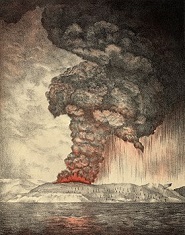

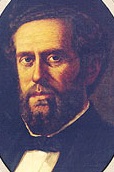


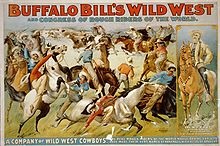
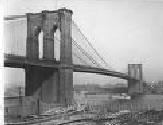











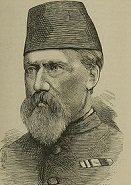
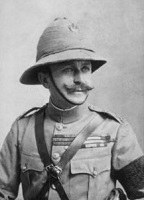



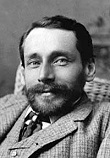
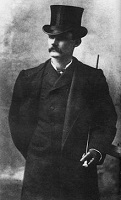
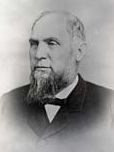

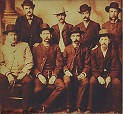
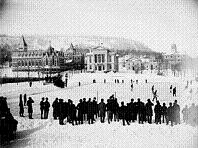
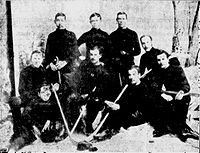
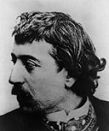





























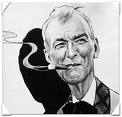


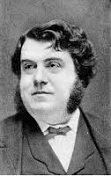




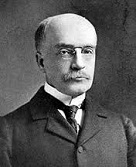
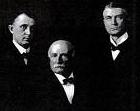


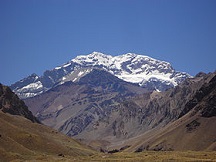
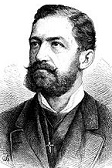
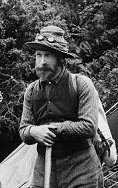
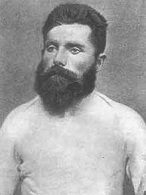

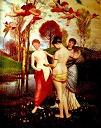

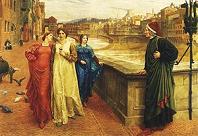




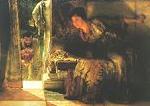


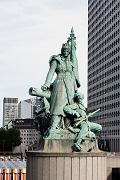
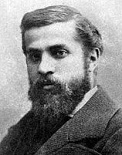
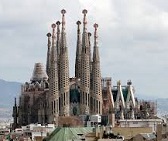

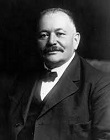

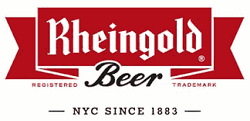
1883 The Lost Generation of people who endure WWI and maybe WWII consists of people born in 1883-1900. On Jan. 16 Charles Julius Guiteau's case causes the U.S. Pendleton Civil Service Reform Act to be signed by Pres. Arthur, founding the U.S. Civil Service Commission; its main author is Dem. Ohio Sen. (1879-85) "Gentleman" George Hunt Pendleton (1825-89). On Jan. 16 after serving in the Confed. army then joining the Tex. House of Reps in 1872 and helping it create the U. of Tex. at Austin (UTA) before serving on the Tex. Supreme Court in 1875, Hart County, Ky.-born atty. "Oxcart" John Ireland (1827-96) of Seguin, Tex. becomes Dem. Tex. gov. #18 (until Jan. 18, 1887), going on to get an amendment to the Tex. constitution passed establishing an ad valorem tax, pick Tex. pink granite for the new Texas State Capitol, and permit public lands to be sold to cattle ranchers, who fence their holdings with barbed wire to keep cattle from straying, cutting off access to water by farmers and ranchers, which is compounded by a drought early in the year, causing them to cut the fences in over half of the counties of Tex., splitting public opinion, causing Gov. Ireland to call a special session of the legislature next year that passes a 825K-acre King Ranch (founded 1853) (originator of the Santa Gertrudis breed, the first new U.S. breed) and the 3M-acre XIT Ranch in the Tex. Panhandle begin fencing cattle to keep them in, allowing them to conserve grass and engage in selective breeding. On Feb. 16 Ladies' Home Journal (originally "The Ladies Home Journal and Practical Housekeeper") begins pub. (until ?), ed. by Louisa Knapp Curtis (-1910), wife of New York Tribune publisher Cyrus Hermann Kotzschmar Curtis (1850-1933); in 1946 it adopts the motto "Never underestimate the power of a woman". On Mar. 1 Adan Cardenas (Adán Cárdenas) del Castillo (1836-1916) of the Conservative Party becomes pres. of Nicaragua (until Mar. 1, 1887). On Mar. 3 the U.S. "Mongrel" Tariff Act of 1883 imposes a 10% tax on imported vegetables, but exempts "fruits, green, ripe or dried", with tomatoes considered as vegetables and taxed, pissing-off Westerners and Southerners, who start a court case that goes all the way to the U.S. Supreme Court (1893). In spring the Cambridge U. Tripos Dispute sees prof. of history (since 1869) Sir John Robert Seeley (1834-95) and prof. of moral philosophy (since 1883) Henry Sidgwick (1838-1900) (author of "Inductive Political Science") want the tripos bachelor's honors exam in history to concentrate on political history, with the Seeley soundbytes "History is the school of statesmanship", "History is past politics, and politics present history", and "History without politics descends to mere literature", while historians Frederick Maitland, George Walter Prothero, Henry Melvill Gwatkin, and Mandell Creighton advocate a broader more scientific approach, reaching a compromise emphasizing the reading of primary sources, requiring a compulsory paper on "Political Science", with required readings incl. "Introduction to Political Science" (1896) by Seeley and "The Elements of Politics" (1891) by Sidgwick. On Apr. 16 longtime Zulu fighter and Boer gen. Paul Kruger (Oom Paul) (1825-1904) becomes pres. of the South African Repub. (until 1902). On Apr. 28-June 7 the bloodless Dodge City War sees Lawrence E. Deger, new (since Apr. 3) mayor of Dodge City, Kan. get tired of vice and vagrancy and attempt to force Polk County, Ark.-born owner Luke L. Short (1854-93) (a notorious gunfighter and friend of Wyatt Earp and Bat Masterson) to close the Long Branch Saloon, running him out of town on Apr. 30, causing him to present a petition on May 10 to Dem. Kan. gov. #9 (1883-5) George Washington Glick (1827-1911) in Topeka, Kan. then hook up with Earp and Masterson and return with them to Dodge City on May 31, after which on June 9 (night) after the Santa Fe Railroad chimes in about not wanting to lose business during the cattle season, both sides resolve their differences, and on June 10 the Dodge City Peace Commission poses for a photo that becomes famous, after which Earp and Masterson board a train for Colo. and Short sells-out to Roy Drake and Frank Warren on Nov. 19 and moves to Fort Worth, Tex. via San Antonio, opening the White Elephant Saloon, going on to kill town marshal Timothy Isaiah "Jim" Courtright in a gunfight on Feb. 8, 1887 after selling his interest in the saloon to pay his legal costs incurred after shooting Charles T. Schuyler in the back on Jan. 23 in San Angelo, Tex. On May 19 after staging his first Wild West show the "Old Glory Blowout" last July 4 in North Platte, Neb., the Buffalo Bill's Wild West [Show] of "the Colonel", Le Claire, Iowa-born William Frederick "Buffalo Bill" Cody (1846-1917) opens in Omaha, Neb., starring him as the headline act for the next 34 years, also starring Sitting Bull, Calamity Jane, Annie Oakley and Frank Butler, Gabriel Dumont, and Lillian Smith, during which time he rides 11 different horses and tours Europe 8x; in 1893 he changes the name to Buffalo Bill's Wild West and Congress of Rough Riders of the World. On May 24 (2:00 p.m. ET) the 5,989-ft. x 85 ft. Brooklyn Bridge over the East River linking Manhattan and Brooklyn, designed by German-born civil engineer John Augustus Roebling (1806-69) opens, becoming the first modern suspension bridge and the first land passage between Manhattan and Brooklyn; one of the bridge supports sits on the site of the first U.S. pres. exec. house; 1.8K vehicles and 150,300 people cross on the first day; on May 30 a rumor that the bridge is about to collapse causes a stampede, and 12 people are trampled to death. On June 5 the Orient Express begins running from Paris to Istanbul (ends May 22, 1977); a ferry ride is included; on Oct. 4 it makes it from trip from Paris to Giurgiu, Romania via Munich and Vienna (ends 1963). In June the USS Yantic under Cmdr. Frank Wildes along with the steamer USS Proteus leave to search for the Lt. A.W. Greely team; on July 23 the Proteus is crushed in the pack ice in Kane Basin between Greenland and Ellesmire Island, and the Yantic finds the rescue team stranded on a floe in the Kane Sea, returning and reaching New York City on Sept. 14 with the bad news; on Dec. 17 Pres. Arthur appoints an Army-Navy board to consider a rescue, which takes until Jan. 17 to decide on it, and until Jan. 22 for Congress to appropriate funds. On July 3 steamship Daphne sinks in the Clyde River in Scotland, killing 124. On July 11 Bohemian-born Am. Reformed Judaism leader Rabbi Isaac Mayer Wise (1819-1900) holds a reconciliation dinner with Orthodox leaders in Cincinnati, Ohio that consists of trafe (non-kosher) food incl. shrimp and lobster, causing all attempts to unify Am. Jewry to collapse. Vietnamese cooking is born despite protests by Chinese cooks? On July 17 Tu Duc dies, and on July 20 his adopted nephew Duc Duc (1852-83) (pr. dzup-duc) becomes Nguyen emperor #5 of Annam (Vietnam), but is executed on trumped-up charges on July 23 after three days, and is succeeded on July 30 by Hiep Hoa (1847-83) as Vietnamese Nguyen emperor #6 (until Nov. 29, 1883); on Aug. 25 the French force the Treaty of Hue, negotiated by Vietnamese PM Nguyen Van Tuong (1824-86), making Annam (Tonkin) (N Vietnam) a French protectorate administered by French residents, disregarding Chinese protests; after a rebellion, on Aug. 30 French ships under Adm. Courbet invade Vietnam, defeating Vietnamese forces outside Hanoi on Sept. 3, and forcing Hoa on Sept. 25 to sign the Harmond Treaty (Convention), a protection treaty; he is then forced to commit suicide on Nov. 29 by regent Don't Do That Yet, er, Ton That Thuyet (1839-1913), and on Dec. 1 Tu Duc's nephew Kien Phuc (1869-84) becomes Vietnamese Nguyen emperor #7 (until July 31, 1884); France fights the Chinese every step of the way and goes on to subdue the remainder of Vietnam and set up three zones: Cochin China (south), the protectorate of Annam (central), and Tonkin (north); meanwhile De Tham (1858-1913) begins a guerrilla war against the French that lasts 30 years. On July 22 the Zulu Civil War (ends June 5, 1884) breaks out when Usibepu (Zibhebhu) (1841-1904), a son of Cetshwayo who was left in charge of his mini-kingdom after the Brits changed their minds about subdividing the Zulu kingdom 13 ways in 1879, attacks Cetshwayo's kraal in Ulundi aided by Boer mercenaries, wounding his daddy, who escapes to Eshowe then dies of poisoning next Feb. 8, leaving his son Dinuzulu to succeed him as king of Zululand if he can. On July 30 Ranavalona II dies, and her sister queen Ranavalona III (1861-1917) becomes ruler of Madagascar (until Feb. 28, 1897), marrying PM Rainilaiarivony and getting caught up in the final takeover of the island by France, beginning with a French invasion this year known as the First Franco-Hova War, which causes them to cede Antisarana (Diego Suarez) on the N coast and pay an indemnity of 560K gold francs. On Aug. 21 a F5 tornado hits Rochester, Minn., killing 37 and injuring 200+, causing brother surgeons William James Mayo (1861-1939) and Charles Horace Mayo (1865-1939), sons of William Worrall Mayo (1819-1911) to found the Mayo Clinic on Sept. 30, 1889 at St. Mary's Hospital in Rochester, Minn.; on Sept. 30 Charles H. Mayo performs the first modern surgical procedure, the removal of a cancerous growth - you can almost taste the hotdog? On Aug. 24 Henri, Comte de Chambord (b. 1820) dies, leaving his distant cousin Jonathan Quayle Higgins, er, Don Juan Carlos Maria Isidro de Borbon (Borbón), Count of Montizon (Montizón) (1822-87) as his heir, and being proclaimed Jean III, king of France and Navarre by his widow and a few supporters, and makes a statement that he does not renounce his claims to the throne, but otherwise takes no active steps; meanwhile the majority of royalists back Louis-Philippe II (Louis-Philippe Albert of Orleans), Comte de Paris (1838-94) (grandson of Louis-Philippe who fought as an aide to Union Gen. McClellan in the U.S. Civil War) as head of the French Bourbons and French pretender, with his son Louis Philippe Robert (1869-1926) assuming the title of duke of Orleans; luckily, Montizon soon dies, uniting the royalists behind one horse - calm down, mister melodrama, I have an idea? Atlas cracks his toa in Indonesia? Krakonesia, biggest volcano grave on Earth? On Aug. 26-27 the small volcanic island of Krakatoa (Krakatau) in the Sunda Strait between Java and Sumatra (100 mi. W. of Batavia) erupts with a ginormous explosive force of 200 megatons (Volcanic Explosivity Index of 6), ejecting 6 cu. mi. of rock, creating a 120-ft.-high tsunami which travels 5,450 mi. to South Africa in 12 hours and drowns 36K; a Dutch warship in Batavia (Djakarta) 100 mi. away is washed ashore and left stranded .5 mi. inland 30 ft. above sea level; the sound (largest noise ever heard by man?) is heard 2.2K mi. away in Alice Springs and 2.97K mi. away in Rodrigues Island near Mauritius; at Batavia people have to light their lamps during the day; for the next two years a thin haze of particles can be seen in the night sky as far away as London, and for three years all over the world sunrise and sunset are brilliantly colored; the explosion leaves a 2,667-ft. cone, and the island shrinks from 18 sq. mi. to 6 sq. mi.; the explosion causes the Muslims of Indonesia to see it as a sign from Allah and begin a jihad to push the Dutch out; the volcanic ash in the atmosphere causes global cooling next year, with aftereffects lasting almost a cent., offsetting anthropogenic global warming? On Sept. 11 Sir Evelyn Baring (1841-1917) (later 1st Earl of Cromer) becomes British consul gen. of Egypt (until May 6, 1907), appointing British advisors in Egyptian ministries, making sure the fellahs pay the Euros back every penny loaned, and alienating the Egyptians with his great white father chrome-plated evil overbearing autocratic ways, incl. his statement that "Islam as a social system has been a complete failure... The degradation of women in the East is a canker that begins its destructive work early in childhood, and has eaten into the whole system of Islam", and his solution that Muslims "be persuaded or forced into imbibing the true spirit of Western civilization." On Sept. 15 after stalling since the Tex. legislature approved it on Feb. 11, 1858, the U. of Tex. at Austin (UTA) in Austin, Tex. opens, becoming the flagship univ. of the state; sports teams are called the Texas Longhorns. On Oct. 15 in Five Civil Rights Cases Testing the Civil Rights Act of 1875, the U.S. Supreme (Waite) Court by an 8-1 vote overturns the act, declaring that freed slaves are just individuals on their own now in a white world and entitled to no sacred cow protections against individual discrimination or private violations of their civil rights, disclaiming federal responsibility for the protection of individual civil rights other than "prohibition against state laws and state proceedings affecting those rights and privileges", declaring a policy that is continued until after WWII; the lone dissenter is Southerner and former slave owner John Marshall Harlan, who was gung-ho for slavery and vehemently against black civil rights until he witnessed the excesses of the KKK in Frankfort, Ky., and considers it a matter of honor to pay for abuse of white power. On Oct. 20 after Chile forces Peru to drop out of the War of the Pacific, the Treaty of Ancon (Ancón) is signed in Ancon District (near Lima), ceding the Peruvian provinces of Tacna and Arica for 10 years (to be followed by a plebiscite), and Antofagasta and the province of Tarapaca permanently, giving Chile coveted nitrate fields and increasing its territory by one-third; after Chile reneges on holding the plebiscites and keeps the territories, the dispute is not resolved until 1929; meanwhile Chile campaigns against the Mapuches and herds them into reservations. On Nov. 30 wealthy educated Liberal Gen. Luis Bogran (Bográn) Barahona (1849-95) becomes pres. of Honduras (until Nov. 30, 1891), going on to expand the educational system and work toward union of the five Central Am. states, which the ultra-conservatives block (with the U.S. behind it?). On Dec. 17 the U.S. Supreme Court rules in Ex Parte Crow Dog that the federal govt. has no jurisdiction to try cases involving Indians when the offense has already been tried by a tribal council, pissing-off Congress, who enacts the U.S. Major Crimes Act in 1885, placing 15 major crimes under federal jurisdiction when committed by one Indian against another on a rez or tribal land, launching the plenary power doctrine limiting tribal sovereignty to Great White Father's whim. In June a fundamentalist Muslim Arab rebellion begins in the Egyptian province of Sudan, led by Nubian Sunni Muslim Sufi Samaniyya Sheikh Muhammad Ahmad bin Abd Allah (1844-85), who proclaims himself El Mahdi, claiming to be chosen by Allah to lead a holy war (jihad) against infidel Brits, Egyptians, and other Sunni Muslims in order to prepare for the Second Ccoming of Christ (Isa), setting up a Mahdist regime with its own caliph (him) and its own modified Sharia (fight for him rather than go to Mecca, add him to their daily prayers, click on hook-up-my-space?) while coincidentally seeking to restore the Arab slave trade in African blacks which the British had just spent a decade eradicating; Sudanese warlord Rabih az-Zubayr ibn Fadl Allah (Fadlallah) (1842-1900) begins conquering the three kingdoms of Chad W of Lake Chad between the Nile and Ubangi River basins (until 1893); meanwhile on Nov. 5 40K spear-carrying El Mahdi followers known as the Ansar (helpers) (Dervishes) surprise an 8K-man Egyptian garrison leaving El Obeid (Al Ubayyid) and massacre them and steal their weapons, then take the town after a 4-mo. siege, then defeat and massacre an 8K-man force led by British Col. William "Pasha" Hicks (1830-83) after leading them on a wild goose chase until they is dying of thirst, allowing the Mahdi's spear-chucking army to capture 10K British Enfield rifles and several cannons, then defeat Austrian-born Maj. Gen. Sir Rudolf Anton Carl von Slatin (1857-1932) (British gov.-gen. of Dara in SW Darfur), and take over Darfur (W Sudan), followed by Jabal Qadir in S Sudan; after a the British cabinet under Gladstonian paralysis refuses to send help, in Dec. it orders the Egyptians to evacuate, sending Gen. Charles George "Chinese" Gordon (1833-85) to facilitate it, but without an army to back him up; meanwhile believing that his D proves that Christianity is weaker than Islam, Slatin converts to Islam under the name Abd al Qadir. The colony of Queensland takes possession of the non-Dutch (non-Western) portions of New Guinea. Britain puts the pedal to the medal and crushes the Pedi Kingdom in the Steelport Valley of NE Transvaal, herding the pop. into a rez inside their former territory. Jules Ferry becomes French PM again (until 1885). Liberal Sir Henry Charles Keith Petty-Fitzmaurice, 5th Marquess of Lansdown (1845-1927) becomes gov.-gen. of Canada (until 1888). The U.S. Congress embarks on the construction of a modern steel navy, authorizing three cruisers, the largest at 4.5K tons. The Northern Pacific Railroad line is completed. The Arctic Oil Works is founded in San Francisco, Calif., turning it into the main whaling port on the West Coast of the U.S. The Germans found settlements in SW Africa and at Angora Reqana between Angola and Cape Colony. Scottish explorer Joseph Thomson (1858-95) rediscovers Mt. Kenya (discovered in 1849). German-born Franciscan nun Mother Marianne Cope (1838-1918) goes to Hawaii to work with leprosy patients on Molokai; Robert Louis Stevenson writes a poem in tribute to her; she is beatified in 2005 - pass the chaulmoogra oil? The U.S. discontinues the Shield Nickel and mints the Liberty Head Nickel (until 1913) along with the Racketeer Nickel (until 1913), which starts a minor crime wave after the Mint goofs and prints a Roman V instead of "5" on the reverse, allowing crooks to gold plate them, cut reeds into the edges and pass them off as $5 gold coins; deaf mute Josh Tatum is acquitted even though he would use the altered coins to pay for 5 cent cigars and get $4.95 change, since he never tells the clerk they were $5 coins; true story or not, the Mint soon begins putting the word "cents" on the coins. Amsterdam stages an Internat. Colonial Exhibition to celebrate its new commercial prosperty caused by the opening of the Noord Canal in the 1860s and new rail station in 1879, becoming the first world's fair with a colonial theme, featuring mock native villages stocked with indigenous peoples to show the superiority of Western civiliztion. The K-12 Kamehameha Schools (originally Kamehameha Schools Bishop Estate) are established in Honolulu, Hawaii to educate native boys by Princess Bernice Pauahi Bishop; in 1965 they go coed; on Aug. 2, 2005 a U.S. federal appeals court rules that its admission policy amounts to unlawful racial discrimination. The Royal College of Music in London is founded by the prince of Wales (later Edward VII), with Sir George Grove (1820-1900) (knighted this year) as dir. #1. German settler Friedrich Pfalz-Pfein founds the Askaniya-Nova Biosphere Reserve in S Ukraine on 27K acres of virgin prairie land; bison are imported from the U.S. - good timing? An electric tramway is constructed in Portrush, Ireland by Sir Charles William Siemens, becoming the first in the British Isles; 7 mi. NE of Portrush is the ultra-cool Giant's Causeway on the N coast of County Antrim. The main Korean seaport of Pusan is opened to gen. commerce; the port of Wonsan on East Korea Bay in N Korea 110 mi. N of Seoul is opened to foreign trade. Prince Peter Kropotkin is arrested in France for anarchistic activities and sentenced to 5 years, but wins release in 1883 after Georges Clemenceau and other French govt. officials intercede, then moves to England until after the 1917 Bolshevik Rev., when he returns to Russia, and is treated as a hero even though he officially opposes all govts., even theirs, his optimistic communist writings acting like the laundry machine for the realities of Dirty Linen, er, Lenin? Swedish pacifist journalist Klas Pontus Arnoldson (1844-1916) becomes the first chmn. of the Swedish Peace and Arbitration Society in Stockholm, which pub. the mag. Pax and becomes Scandinavia's first and biggest peace org.; he receives the 1908 Nobel Peace Prize - after WWI starts, all the winners should be forced to give the money back? The Metropolitan Opera House moves to West 39th St. and Broadway, ramping up the Manhattan Theater District, bounded by West 40th St., West 54th St., Sixth Ave., and Eight Ave., incl. Times Square; meanwhile in 1880 the section of Broadway that runs through it between 42nd and 53rd Streets is built, later called the Great White Way, gaining its name from its Brush arc lamps after becoming one of the first U.S. thoroughfares to be illuminated with electricity; the term is first used by Shep Friedman in the New York Morning Telegraph in 1901. New York Society is shaken when Caroline Webster Schermerhorn Astor (1830-1908), the head of it all who created the List of 400 Nobs (old money elite) is forced to socially acknowledge "Swell" (new money) Alva Vanderbilt, 1st wife of William Kissam Vanderbilt after Alva blackmails her daughter Caroline Astor; in 1887 after her hubby William Astor dies, she gets in a war with her nephew William Waldorf Astor over the right to be called "the Mrs. Astor", and wins, causing him to emigrate to Britain. Canadian geologist George Mercer Dawson (1849-1901) explores the Canadian Rockies, discovering 11,870 ft. (3,618m) Mount Assiniboine and 11,627 ft. (3,544m) Mount Temple, pub. a map in 1886 covering from the U.S. border to Red Deer Valley and Kicking Horse Pass; in 1887 he begins exploring N British Columbia to the headwaters of the Yukon River, pub. maps in 1897 just in time for the Klondike Gold Rush (1896-99), causing Dawson City in the Yukon to be named after him, along with Dawson Creek in British Columbia. Amadou (Ahmadou) Bamba (1853-1927) founds the Muslim Sufi Mouride ("those who desire") order in Senegal. Royal Holloway College for women is founded in Mount Lee, Egham, Surrey by Holloway's Pills magnate Thomas Holloway (-1883); it later becomes the Royal Holloway and Bedford New College, and is amalgamated with London U. French stockbroker Paul Gaugin (1848-1903), who lost his job in the 1882 Paris stock exchange crash leaves his family to devote himself to painting, inventing a style called synthetism, using flat planes, solid figures, and bright colors - the distant sounds of an exploding volcano send him a message? Self-taught Boston, Mass.-born artist Winslow Homer (1836-1910) gets serious, improves his style and settles in Prout's Neck, Maine, then begins to paint monumental sea scenes, becoming the "Yankee Robinson Crusoe" in the front rank of Am. painters, although they never sell well; he spends the winters of 1884-5 in Fla., Cuba, and the Bahamas, painting black natives and Caribbean scenes. Hungarian-born half-Roman-Catholic, half-Jew Joseph Pulitzer (1847-1911), who emigrated to the U.S. in 1864 and worked his way up in St. Louis, Mo., and switched from Repub. to Dem. purchases the New York World (founded 1960), and goes on to outcompete rival New York Sun, run by Charles A. Dana, by being the first to buy a Linotype, issue a color supplement with comics, and build a dream of working men saving money to enjoy outings at Coney Island. Lord John Morley, ed. of the Fortnightly Review since 1867 becomes ed. of Macmillan's Mag. and MP for Newcastle-upon-Tyne. The leading Socialist periodical Die Neue Zeit (The New Times) is founded by Karl Johann Kautsky (1854-1938), who joins the German Social Dem. Party, gets in a debate with "Marxist revisionist" Eduard Bernstein (1850-1932) (who denies the inevitability of class conflict) over revolution vs. gradual social reform, and flip-flops to his side, becoming a pacifist. N.Y. state passes a law banning the practice of rolling cigars in homes, but it is ruled unconstitutional 4 mo. later, allowing the 127 apt. houses in New York City employing 7,924 people in 1,962 families to stay in business. The Metropolitan Opera House in New York City at 39th and Broadway opens with Faust. The Tokyo Electric Light Co. in Japan is founded; too bad, it produces electricity at 50Hz instead of the U.S. std. of 60Hz, later causing E Japan incl. Tokyo to stay wired at 50Hz while the rest of Japan is wired at 60Hz. The U.S. ends its Civil War tax on cigars, ushering in a 40-year golden age for cigar smokers; German-born Am. Jew Oscar Hammerstein I (1847-1919) receives a patent for a cigar-rolling machine. German-born After seeing their toy locomotive in a store window in Leon and liking it, French steam car maker De Dion-Bouton is founded in Paris, France by wealthy Marquis Jules Felix Philippe Albert de Dion de Wandonne (1856-1946) and starving scientific toymakers Georges Bouton (1847-1938), and his brother-in-law Charles Trepardoux; on Apr. 28, 1887 a De Dion steam car driven by Georges Bouton is clocked at 37 mph in "Europe's first auto race" from Neuilly Bridge to the Bois de Boulogne, sponsored by Le Velocipede ed. M. Fossier; In 1895 they invent a 1-cylinder engine with trembler coil ignition that works best at high rpm, reaching a record 3.5K rpm; after being mounted on a tricycle frame and fitted with new Michelin pneumatic tires, it goes on the market next year as the Petite Voiture Tricar, which is a big hit, causing a 4-wheeler to be marketed in 1898, and the Model D Voiturette in 1900, which puts the engine under seat and makes the passenger face the driver, who sits in the rear; in 1898 Louis Renault modifies a De Dion-Boutin with a fixed drive shaft and ring-and-pinion gear, becoming the first hot rod?; in 1900 they become the world's largest automobile manufacturer, producing 400 cars and 3.2K engines; in 1902 the De Deion-Bouton Motorette Co. is founded in Brooklyn, N.Y. to make them in the U.S.; as a topper, in 1902 the Crazy Frog outfit comes up with the Model K, with a front-mounted engine under a crocodile hood, rear entry of passengers, and a decelerator pedal that applies a transmission brake; the co. folds in 1932. The Kroger Co. (originally Great Western Tea Co., then Kroger Grocery and Baking Co. in 1902) is founded in Cincinnati, Ohio by Bernard Henry "Barney" Kroger (1860-1938) with $372 in savings, reaching 5.5K stores in 1930 and growing to the 3rd largest private employer in the U.S., 3rd largest retailer on Earth, 2nd largest retailer after Walmart, and largest supermarket chain in the U.S. ($115.3B/year); in 1916 it begins self-service shopping; in 1929 rumors fly that it is about to merge with Safeway; in the 1930s it becomes the first grocery chain to surround stores on all sides with parking lots and to monitor foods and test them for quality; in 1955 it begins acquiring other supermarket chains; in the 1970s it becomes the first grocery chain to use an electronic scanner and formalize consumer research; in 1972 it builds Crossroads Farms Dairy in Indianapolis, Ind., which becomes the largest dairy plant on Earth. Butcher Oscar Ferdinand Mayer (1859-1955) and his brother Gottfried found Oscar Mayer Co. in Chicago, Ill., cranking out bratwurst and liverwurst, growing to 43 employees by 1900, and in 1906 becoming one of the first U.S. cos. to voluntarily submit to the U.S. Food Safety Inspection Service of the USDA; in 1936 they begin touring the U.S. in the Wienermobile; in 1965 they launch the "If I were an Oscar Meyer wiener" TV ad campaign, followed in 1974 by "My bologna has a first name, it's O-S-C-A-R"; in 1981 it is acquired by Gen. Foods, which is acquired in 1985 by Philip Morris, then merges in 1989 with Kraft Foods. Rheingold Beer (named after Richard Wagner's 1869 opera "Das Rheingold") is founded in Bushwick, Brooklyn, N.Y., becoming a favorite with working men, becoming the official beer of the ML New York Mets and holding 35% of the New York City beer market in 1950-60, with numerous cans found in the wreckage of the World Trade Center in 2001 hidden in the beams by construction workers; in 1965 it pioneers racially-diverse actors in its TV ads incl. Jackie Robinson and Sarah Vaughan; in 1940-65 it holds the annual Miss Rheingold beauty pageant, with contestants wearing ball gowns w/white gloves; after introducing the world's first light beer in 1967, it folds in 1976, and is revived in 1998. Sports: The first Montreal Winter Carnival Ice Hockey Tournament organized by the Montreal Amateur Athletic Assoc. (MAAA) is held, featuring an ice castle or fort that can be stormed in mock attacks, along with snowshoe races, toboggan slides, skating carnivals, and the first ice hockey championships, with four teams incl. the McGill U. Club, the Montreal Hockey Club, Montreal Crystals, and Montreal Victorias); the first tournament is held on the St. Lawrence River, the 2nd at the outdoor rink of McGill U.; after cancelling in 1886 and 1888, the last tournament is held in 1889; 1 mo. after witnessing the 1883 Montreal Winter Carnival, the Ottawa Senators (originally the Ottawa Hockey Club or Ottawa HC) ice hockey club is founded in Ottawa, Ont., becoming their first ice hockey club, becoming the Ottawa Generals in the 1890s, the Ottawa Silver Seven in 1903, and the Ottawa Senators in 1908; they disband in 1934. Mahalaxmi Racecourse in Bombay (Mumbai), India is built. A party led by German geologist Paul Gussfeldt (Güssfeldt) (1840-1920) makes two attempts to summit 22,838 ft. (6,961m) Mount Aconcagua in Argentina (70 mi. NW of Mendoza) 9 mi. from the border with Chile, highest mountain outside Asia, reaching 6.5km; in Dec. 1896 a European expedition led by Am.-born English mountaineer Edward Arthur FitzGerald (1871-1931) makes the first of eight attempts, with Swiss guide Matthias Zurbriggen (1856-1917) reaching the summit on Jan. 14, followed on Feb. 13 by Stuart Vines and Nicola Lanti. Architecture: All Saints Church in Peshawar, Pakistan is built by Rev. Worthington Jukes, with a unique architecture adopted from local mosques; after the local Muslims kill several workers, it becomes known as the Church of Martyrs. The Herald Square Theatre at 1331 Broadway in Manhattan, N.Y. (cap. 1,150) opens; in 1900 it becomes the first Broadway theater owned by the Shubert family; in 1911 after a fire it becomes the first New York theater to be converted into a silent movie theater, and is closed in 1914 after the Garment District expands into the neighborhood and the Broadway theater district moves N of 40th Street. The first steel-framed office bldg. (skyscraper), the 10-story 180-ft. Home Insurance Bldg. in Chicago (1884-5) is designed by Fairhaven, Mass.-born William Le Baron Jenney (1832-1907), becoming the tallest bldg. on Earth (until 1889); demolished in 1931. English novelist Thomas Hardy builds Max Gate near Dorchester, living there for most of his life. After Francisco Paula de Villar resigns as chief architect (since 1882), Spanish Catalan gaudy Modernist Art Nouveau architect Placid Guillem Gaudi (Gaudí) i Cornet (1852-1926) begins his Sagrada Familia, a large Roman Catholic church in Barcelona, which goes on to become the most visited monument in Spain and a UNESCO World Heritage Site; in Nov. 2010 Pope Benedict XVI consecrates it as a minor basilica. Inventions: On June 12 Charles Stilwell of Fremont, Ohio patents a machine to mass-produce brown paper bags with square bottoms and pleated sides called "S.O.S." (self-opening sacks); by 2000 40B are used in the U.S. each year. Atlantic City Boardwalk shopkeeper David Bradley allegedly coins the term "saltwater taffy" after a summer storm causes a tidal surge swamping his candy store. German-Am. immigrant Julius Schmid (1854-1935) begins making condoms, later sold under the brand name Ramses (named after Pharaoh Ramses II, who fathered 150+ children), becoming the "king of condoms"; the originals are made of lamb cecum - ask any Scot? Sir Joseph Wilson Swan (1828-1914) of England invents a synthetic fiber. The first Dirigible, a balloon powered by an electric motor is developed by brothers Albert Tissandier (1839-1906) and Gaston Tissandier (1843-99) of France. Science: On Aug. 12 after being hunted to extinction by white hunters, the last known South African Quagga (like a zebra but with stripes only on the front half, the opposite of an okapi) dies in Artis Magistra Zoo in Amsterdam; too bad, nobody realizes it for years, esp. since Afrikaaners call all zebras quaggas. French mathematician Joseph Louis Francois Bertrand (1822-1900) proposes the Bertrand Model of Competition, which reworks Cournot's 1838 Duopoly Model using prices instead of quantities, describing interactions among sellers that set prices and customers that choose quantities at the prices set, showing that the equilibrium price is simply the competitive price; in 1889 Francis Ysidro Edgeworth extends the Bertrand Model to handle capacity constraints, and proposes the Edgeworth Paradox, where if there is a fixed limit to what firms can sell, there may exist no pure-strategy Nash equilibrium. Robert Koch pub. a method for preventive inoculation against anthrax, and identifies the comma bacillus as the cause of cholera while on an official mission to Egypt and India. German biochemist Ludwig Karl Martin Leonhard Albrecht Kossel (1853-1927), teacher of Friedrich Miescher at the U. of Strasbourg moves to the U. of Berlin, going on to isolate the five constituent organic compounds in nucleic acid incl. adenine, cystosine, guanine, thymine, and uracil; he later discovers histidine and isolates theopylline from tea, and predicts the polypeptide nature of the protein molecule; "The processes of life are like a drama, and I am studying the actors, not the plot. There are many actors, and it is their characters which make this drama. I seek to understand their habits, their peculiarities." Scottish surgeon Robert Lawson Tait (1845-99) (co-founder of gynecology with J. Marion Sims) performs the first Salpingectomy (Fallopian tube removal) to treat bleeding ectopic pregnancy; he goes on to perform the first Ovariectomy (oophorectomy) for pain and for induction of menopause, first drainage of a pelvic abscess, first Cholecystotomy (gallbladder removal) et al. Nonfiction: Francois Achille Bazaine (1811-88), Episodes de la Guerre de 1870; his defense in his 1873 treason trial. Judah P. Benjamin (1811-84), Treatise on the Law of Sale of Personal Property (AKA "Benjamin on Sales"); becomes a legal classic in England. Paul Bourget (1852-1935), Essais de Psychologie Contemporaine. Oscar Browning (1837-1923), Frederic Harrison (1831-1923), Samuel James Capper, and Augustus Jessopp (1823-1914), Historical Studies. Francis Herbert Bradley (1846-1924), The Principles of Logic. Sir Richard Burton (1821-90) (tr.), Ananga Ranga; the first Hindu sex manual in English. Sir Richard Burton and Verney Lovett Cameron (1844-94), To the Gold Coast for Gold. Edward Caird (1835-1908), Hegel. Ramon de Campoamor y Compoosorio, El Ideismo. Jane Baillie Carlyle (1801-66), Letters (posth.); ed. by hubby Thomas Carlyle. Andrew Carnegie (1835-1919), An American Four-in-Hand in Britain; the British countryside is toured by horse coach in summer 1881. Anthony Comstock (1844-1915), Traps for the Young; "Our youth are in danger... cursed by a literature that is a disgrace." Ignatius Loyola Donnelly (1831-1901), Ragnarok: The Age of Fire and Gravel; the Flood and the destruction of Atlantis were caused by a near-collision of Earth with a comet 12K years ago, causing the Earth to catch fire and poisonous gases to choke people, along with floods and tidal waves, causing early cultures to turn to heliotheism to thank the Sun for returning?; gives Immanuel Velikovsky an idea?; "There is in the legends of the Scandinavians a marvelous record of the coming of the Comet. It has been repeated generation after generation, translated into all languages, commented on, criticised, but never understood. It has been regarded as a wild, unmeaning rhapsody of words, or as a premonition of some future earth catastrophe. But look at it! The very name is significant... it means 'the darkness of the gods'; from regin, gods, and rökr, darkness; but it may, more properly, be derived from the Icelandic, Danish, and Swedish regn, a rain, and rök, smoke, or dust." Felix Dahn (1834-1912), Prehistory of the Germanic and Roman Peoples. Henry Drummond (1851-97), Natural Law in the Spiritual World; attempt to reconcile Darwinian Evolution and Christianity. Urbain Dubois (1818-1901), Grand Livre des pâtissiers et des confiseurs. Richard T. Ely (1854-1943), French and German Socialism in Modern Times. James Anthony Froude (1818-94) (ed.), Letters and Memorials of Jane Welsh Carlyle [1801-66]; wife of Thomas Carlyle; pisses-off Thomas' niece Mrs. Alexander Carlyle, who claims that Thomas gave a note to Froude asking him not to pub. the volume in 1866, although he gave it to Froude in 1871; novelist Margaret Oliphant calls it the "betrayal and exposure of the secret of a women's weakness". Samuel Rawson Gardiner (1829-1902), History of England from the Accession of James I to the Outbreak of the Civil War, 1603-1642 (10 vols.) (1883-4). Oliver Wendell Holmes Sr. (1809-94), Pages from an Old Volume of Life: A Collection of Essays. Mark Hopkins (1802-87), The Scriptural Idea of Man. J.K. Huysmans (1848-1907), L'Art Moderne; goes for Impressionism, Gustave Moreau, and Odilon Redon. Henry Mayers Hyndman (1842-1921), The Historical Basis of Socialism in England. Richard Jefferies (1848-87), The Story of My Heart: An Autobiography. Emil Kraepelin (1856-1926), Compendium der Psychiatrie; argues that psychiatry is a branch of medical science and should be investigated by observation and experimentation like other natural sciences, calling for research into the physical causes of mental illness, and founding the modern classification system for mental disorders; he proposes that by studying case histories and identifying specific disorders the progression of mental illness can be predicted after taking into account individual differences in personality and patient age at disease onset. Stanley Lane-Poole (1854-1931), Studies in a Mosque (Cairo) (Feb.). Arthur Lillie (1831-?), The Popular Life of Buddha, Containing an Answer to the Hibbert Lectures of 1881. Patrick Manson (1844-1922), The Filaria Sanguinis Hominis and Certain New Forms of Parasitic Disease in India, China, and Warm Countries. John Bach McMaster (1852-1932), A History of the People of the United States: from the Revolution to the Civil War (8 vols.) (1883-1914). Carl Menger (1840-2921), Investigations into the Method of the Social Sciences with Special Reference to Economics; attacks the German historical school, causing a bitter reply by Gustav von Schmoller (1838-1917), leading to the super-bitter Methodenstreit (Ger. "strife over method") with the Austrian School of Economics (name coined by Schmoller to indicate provincialism), which is won by the historical school by 1900, who advocate a Socialist welfare state; too bad, they go too far and get their rivals excluded from academia, causing Germany to fall behind until the historical school becomes kaput by the 1930s, and is replaced by the more open Freiburg School. Max Mueller (1823-1900), India: What Can It Teach Us? Alexander Stuart Murray (1841-1904), History of Greek Sculpture: From the Earliest Times Down to the Age of Pheidias (4 vols.) (1880-3); becomes std. work. Friedrich Wilhelm Nietzsche (1844-1900), Thus Spake Zarathustra: A Book for All and for None (Also Sprach Zarathustra) (1883-5); expands on the ideas of the Eternal Recurrence, Death of God, the Ubermensch (Übermensch) (Superman), and the Will to Power, promoting the idea that one value system is no more worthy than the next, with the aphorism "On the Thousand and One Goals": "A thousand goals have there been so far, for there are a thousand peoples. Only the yoke for the thousand necks is still lacking: the one goal is lacking. Humanity still has no goal." Walter Herries Pollock (1850-1926), The Picture's Secret; Paradox of Acting. Ernest Renan (1823-92), Islam and Science; "Early Islam and the Arabs who professed it were hostile to scientific and philosophic spirit"; Judaism as a Race and as Religion; proposes the theory that European Ashkenazi Jews are descended from the Khazars, not the original Jews from Israel, which gets latched onto by anti-Semites, culminating in the 1976 book "The Thirteenth Tribe" by Arthur Koestler. George John Romanes (1848-94), Mental Evolution in Animals, with a Posthumous Essay on Instinct by Charles Darwin. Sir John Robert Seeley (1834-95), The Expansion of England; bestseller (80K copies in 2 years); a big hit among the public, the nobles, and the politicians;, becoming "the bible of British imperialists" (George Peabody Gooch), and "the single influence which did most to develop the imperialist idea" (Robert Ensor); doesn't go out of print until 1956 after Winston Churchill comments "Now it would be Seeley's Contraction of England"; claims that the imperial expansion of Britain was based on the defeat of Louis XIV's empire in the 18th cent., and that the 18th cent. was mainly a struggle between Euro nations for control of the New World instead of a struggle for liberty; "We seem, as it were, to have conquered and peopled half the world in a fit of absence of mind"; argues that the British Dominions are critical to British power, although holding onto India might not be beneficial in the long run, speculating on the result of the Dominions becoming independent; "Such a separation would leave England on the same level as the states nearest to us on the Continent, populous, but less so than Germany and scarcely equal to France. But two states, Russia and the United States, would be on an altogether higher scale of magnitude, Russia having at once, and the United States perhaps before very long, twice our population"; "The other alternative is that England may prove able to do what the United States does so easily, that is, hold together in a federal union countries very remote from each other. In that case England will take rank with Russia and the United States in the first rank of state, measured by population and area, and in a higher rank that the states of the Continent"; "It may be fairly questioned whether the possession of India does or ever can increase our power or our security, while there is no doubt that is vastly increases our dangers and responsibilities"; "When we inquire then into the Greater Britain of the future we ought to think much more of our colonial than of our Indian Empire"; too bad, the book "dealt in the main with the great wars of the eighteenth century and this gave the false impression that the British Empire has been founded largely by war and conquest, an idea that was unfortunately planted firmly in the public mind, not only in Great Britain, but also in foreign countries." (A.P. Newton) George Bernard Shaw (1856-1950), The Perfect Wagnerite: Commentary on the Niblung's Ring; defends Richard Wagner (1813-83). Henry Sidgwick (1838-1900), Principles of Political Economy; makes a fan of Alfred Marshall, who calls him his "spiritual mother and father". Alfred Percy Sinnett (1840-1921), Esoteric Buddhism; makes a fan of G.R.S. Mead. John Austin Stevens (1827-1910), Albert Gallatin; "Every generation demands that history shall be rewritten. This is not alone because it requires that the work should be adapted to its own point of view, but because it is instinctively seeking those lines which connect the problems and lessons of the past with its own questions and circumstances. If it were not for the existence of lines of this kind, history might be entertaining, but would have little real value." William Graham Sumner (1840-1910), What Social Classes Owe Each Other; the "forgotten man", who has to pay for the humanitarian schemes of social reformers. William Thomson (Lord Kelvin), On the Size of Atoms. Leo Tolstoy (1828-1910), Commentary on the Gospel. Mark Twain (1835-1910), Life on the Mississippi; first typewritten ms.; chapters 4-7 are about his education as a riverboat pilot in 1857-61 and 1882, from "Old Times on the Mississippi" (1875). Lester Ward, Dynamic Sociology. August Weismann (1834-1914), On Inheritance; rejects the inheritance of acquired traits yet hangs onto evolution, failing to win evolutionists over? William Wilson (1844-1912), The Swimming Instructor; becomes a std. textbook, defining modern concepts incl. stroke efficiency, water safety, racing turns, safety et al. Music: Eugen d'Albert (1864-1932), Suite in D minor for Piano, Op. 1. Johannes Brahms (1833-97), Gesang der Parzen; Symphony No. 3 in F Major, Op. 90; an attempt to reconcile Classical with Romantic? Emmanuel Chabrier (1841-94), Espana (España) (rhapsody). Leo Delibes (1836-91), Lakme (Lakmé) (opera) (Opera Comique, Paris) (Apr. 14); libretto by Edmond Gondinet and Philippe Gille; based on the 1880 novel "Rarahu ou Le Mariage de Loti" by Pierre Loti; stars Van Zandt as Lakme and Jean-Alexandre Talazac as Gerald; incl. The Flower Duet, Bell Song. Paul Dukas (1865-1935), King Lear (overture). Narciso Serradel Sevilla, La Golondrina (The Swallow). Hugo Wolf, Penthesilea (symphonic poem). Art: Anon., La Defense (Défense) de Paris; a statue erected in Courbevoie in W Paris to commemorate the soldiers who defending Paris during the Franco-Prussian War; La Defense becomes the name of Paris' business district, becoming known for the Grande Arche, which has cool stairs people can sit on, an open-air museum, Le Parvis esplanade, and Les Quatre Temps commercial center; it later becomes the W side of the 10-km. Historical Axis of Paris (Louvre on the E, Champs-Elysees, Arc de Tripmphe, Avenue de la Grande Armee) Sir Lawrence Alma-Tadema, The Way to the Temple; Welcome Footsteps. Arnold Bocklin (1827-1901), Spring's Hymn; The Waves. Paul Cezanne (1839-1906), Rocky Landscape; he loves to paint the 4K-ft. Mt. Sainte-Victoire which d ominates flat Aix-en-Provence, as well as a nearby quarry. James Ensor (1860-1949), The Rower; The Drunkards; The Scandalized Masks. Henry Holiday (1839-1927), Dante and Beatrice. Jule Joseph Lefebvre (1836-1911), Psyche. William Quiller Orchardson (1832-1910), Voltaire; shows him being beaten up by the lackeys of Chevalier de Rohan-Chabot while the Duc de Sully fails to help or avenge him, woo woo. Paul Philippoteaux, The Battle of Gettysburg; paid $200K by a consortium of investors in Chicago, Ill., allowing him to hire a teach of artists; 450' x 50'; weighs 6 tons; three more versions produced for display in Boston, New York, and Philly; "No person should die without seeing this cyclorama." Odilon Redon (1840-1916), The Shapeless Polyp. Pierre-Auguste Renoir (1841-1919), Umbrellas; Seated Bather (1883-4); Dance at Bougival; model is Montmartre painter Suzanne Valadon (1865-1938); City Dance; another of Suzanne Valadon. Giovanni Segantini (1858-99), Ave Maria. Georges Seurat (1859-91), The Bathers at Asnieres (1883-4) (7' x 11'); laughed out of the room by the Salon Jury in Paris, Seurat turns to the Impressionists for moral support? - getting the signal you want at the speed of light? Plays: Robert Williams Buchanan (1841-1901), Lady Clare. Sir Francis Burnand (1836-1917), Ariel; based on Shakespeare's "The Tempest"; music by Meyter Lutz; stars Nellie Farren and Arthur Williams. August Strindberg (1849-1912), Lucky Pehr. Poetry: Sir Edwin Arnold (1832-1904), Pearls of the Faith of Islam's Rosary, Being the Ninety-Nine Beautiful Names of Allah. Robert Seymour Bridges (1844-1930), Prometheus, the Fire-Giver. Robert Browning (1812-89), Jocoseria. Robert Williams Buchanan (1841-1901), A Poet's Sketch Book. Charles Harpur (1813-68), Collected Poems (posth.); makes him the first noteworthy original Australian poet. Gottfried Keller (1819-90), Gesammelte Gedichte. Sir Lewis Morris (1833-1907), Songs Unsung. Jan Neruda (1834-91), Plain Themes (Simple Motifs). August Strindberg (1849-1912), Poetry in Verse and Prose. Algernon Charles Swinburne (1837-1909), A Century of Roundels. Emile Verhaeren (1855-1916), Les Flamandes (debut). Novels: Jules Amedee Barbey d'Aurevilly (1808-89), What Never Dies (Ce qui ne Meurt Pas) (last novel). Walter Besant (1836-1901), All in a Garden Fair: The Simple Story of Three Boys and a Girl (3 vols.); inspires Rudyard Kipling to leave India and become a writer. Bjornstjerne Bjornson (1832-1910), Beyond Human Endurance. William Black (1841-98), Shandon Bells; Yolande; about drug addiction. Mary Elizabeth Braddon (1837-1915), Phantom Fortune. Wilkie Collins (1824-89), Heart and Science. Carlo Collodi (1826-90), The Adventures of Pinocchio; "pine eye", carved from a piece of pine by Italian woodcarver Geppetto, who aspires to become a real boy. Francis Marion Crawford (1854-1909), Dr. Claudius; a hit, allowing him to move to Italy, settling in Hotel Cocumella in Sorrento in 1885, then moving to Villa Crawford in Sant'Agnello. Mary Mapes Dodge (1831-1905), Donald and Dorothy. Ludwig Ganghofer (1855-1920), Der Jager von Fall. Ludovic Halevy, Criquette. Joel Chandler Harris (1848-1908), Nights with Uncle Remus. Nathaniel Hawthorne (1804-64), Dr. Grimshawe's Secret (posth.); ed. by his son Julian. Edgar Watson Howe (1853-1937), The Story of a Country Town (first novel). Margaret Wolfe Hungerford (1855-97), Loys, Lord Beresford, and Other Tales; Moonshine and Marguerites; Rossmoyne. Auguste Villiers de l'Isle-Adam (1838-89), Contes Cruels (Sardonic Tales). Heinrich Laube (1806-84), Der Schatten-Wilhelm. Jonas Lie (1833-1908), The Gilje Family: An Interior from the 1840s; the Norwegian Austen and Bronte? Pierre Loti (1850-1923), My Brother Yves (Mon Frère Yves); his biggest hit?; a semi-autobio. novel about the 1870s-1880s friendship between a French naval officer and hard-drinking Breton sailor Yves Kermadec (really Pierre le Cor). Guy de Maupassant (1850-93), Mademoiselle Fifi (short stories); Contes de la Becasse (Bécasse) (short stories); A Woman's Life (Un Vie) (first novel); bestseller (25K copies in the first year). Conrad Ferdinand Meyer (1825-98), The Suffering of a Boy (Das Leiden einer Knaben); France during the reign of Louis XIV. George Moore (1852-1933), A Modern Lover; brings French naturalism to English Victorians. Laurence Oliphant (1829-88), Altiora Peto. Margaret Oliphant (1828-97), Hester. Raffi (1835-88), Kaytzer (1883-4); an opressive village school. Jean Richepin (1849-1926), Le Pave. Albert Robida, The Twentieth Century; predicts the electric aircar, glass buildings, billboards, and Telephonoscope. Edward Payson Roe (1838-88), His Sombre Rivals. Leopold von Sacher-Masoch (1836-95), The Godmother. Olive Schreiner (1855-1920), The Story of an African Farm (London); pub. under the alias Ralph Iron; shocks the Victorian readers with agnostic freethought, feminism, premarital sex, pregnancy out of wedlock, even transvestitism, becoming a bestseller. Matilde Serao (1856-1927), Fantasia (first novel); Cuore Infermo; Fior di Passione. John Henry Shorthouse (1834-1903), The Little Schoolmaster Mark: A Spiritual Romance; Little Mark tutors the Prince's children to give them "the grace of refinement which piety brings". Comte Auguste Villiers de l'Isle-Adam (1838-89), Contes Cruels (Sardonic Tales) (short stories). Kate Douglas Wiggin (1856-1923), The Story of Patsy (first novel). Constance Fenimore Woolson (1840-94), For the Major. Emile Zola (1840-1902), Au Bonheur des Dames (The Ladies' Delight). Births: Am. "A Cowboy's Prayer", "Spanish is a Loving Tongue" poet Charles Badger Clark Jr. (d. 1957) on Jan. 1 in Albia, Iowa; grows up in Dakota Territory; first poet laureate of S.D. (1937). Am. Maj. Gen. (OSS/CIA founder) William Joseph "Wild Bill" Donovan (d. 1959) on Jan. 1 in Buffalo, N.Y.; educated at Columbia U. British Labour PM (1945-51) Clement Richard, 1st Earl Attlee (OE "meadow") (d. 1967) on Jan. 3 in London; educated at University College, Oxford U. Am. Socialist-turned-McCarthyist writer-poet (patron of the Harlem Renaissance) Max Forrester Eastman (d. 1969) on Jan. 4 in Canandaigua, N.Y.; Congregationalist clergy parents; educated at Williams College, and Columbia U. Lebanese-Am. "The Prophet" poet-philosopher (Marionite Christian) Kahlil Gibran (Gibran Khalil Gibran bin Mikhael bin Saad) (d. 1931) on Jan. 6 in Bsharri; #3 best-selling poet after William Shakespeare and Lao Tse; emigrates to the U.S. in 1895. British WWII fleet Adm. Andrew Browne Cunningham, 1st Viscount Cunningham of Hyndhope (d. 1963) on Jan. 7 in Rathmines, Dublin, Ireland; WWII CIC of British naval forces in the Mediterranean; brother of Sir Alan Cunningham (1887-93); created 1st baron of Kirkhope in 1945 and 1st viscount of Hyndhope in 1946 - I hope he's happy? Am. Repub. atty.-statesman-diplomat-gen. Patrick Jay Hurley (d. 1963) on Jan. 8 in the Choctaw Nation Indian Territory, Okla.; atty. for the Choctaw Nation from 1912-17; U.S. secy. of war (1929-33). Am. "Messala in Ben-Hur" actor Francis Xavier Bushman (d. 1966) on Jan. 10 in Norfolk, Va.; father of Ralph Everly Bushman (1903-78). German aircraft manufacturer Gustav Otto 9d. 1926) on Jan. 12 in Cologne; son of Nikolaus August Otto (1832-91). Australian steel magnate Essington Lewis (d. 1961) on Jan. 13 in Burra, South Australia. French fashion designer Nina Ricci (Maria Nielli) (d. 1970) on Jan. 14 in Turin, Italy; emigrates to France in 1895. Scottish "Carnival" novelist Sir Edward Montague Compton Mackenzie (d. 1972) on Jan. 17 in West Hartlepool; son of actor Edward Compton; brother of actress Fay Compton (1894-1978); educated at St. Paul's School, and Magdalen College, Oxford U. Am. 6'1" 250 lb. Atlantic City boss (1911-41) (Jewish) Enoch Lewis "Nucky" Johnson (d. 1968) on Jan. 20 in Galloway, N.J. Am. "Crusader in Crinoline" writer-journalist Robert Forrest Wilson (d. 1942) on Jan. 20 in Warren, Ohio. Norwegian poet Olav Aukrust (d. 1929) on Jan. 21 in Lom. Am. "The Producers", "The Misfits", "Camelot" actress (lesbian?) Estelle Winwood (Goodwin) (d. 1984) on Jan. 24 in Lee, Kent, England; emigrates to the U.S. in 1916; Algonquin Round Table friend of Tallulah Bankhead. German Nazi Party founder Gottfried Feder (d. 1941) on Jan. 27 in Wurzburg. Hungarian "In the Good Old Summertime", "Head waiter Carl in Casablanca", "Everything is hunky dunky" actor (Jewish) S.Z. "Cuddles" Sakall (Szoke Szakall) (Blonde Beard) (Gero Jeno) (d. 1955) on Feb. 2 in Budapest, Hungary; known for his big shaking cheeks and jowls; emigrates to the U.S. in 1940. Am. "Hopalong Cassidy" novelist Clarence Edward Mulford (d. 1956) on Feb. 3 in Streator, Ill. Am. "Men of Mathematics" mathematician-writer Eric Temple Bell (d. 1960) (AKA John Taine) on Feb. 7 in Peterhead, Scotland; emigrates to the U.S. in 1902; educated at Stanford U., and Columbia U. Am. "Shuffle Along", "I'm Just Wild About Harry" ragtime-jazz pianist-composer (black) James Hubert "Eubie" Blake (d. 1983) (b. 1887?) on Feb. 7 in Baltimore, Md.; ex-slave parents; collaborator of Noble Sissle (1889-1975). Am. "creative destruction" economist (Roman Catholic) Joseph Alois Schumpeter (d. 1950) on Feb. 8 in Triesch, Moravia, Czech.; German parents; educated at the U. of Vienna; emigrates to the U.S. in 1933; successor to Frank William Taussig at Harvard U.; argues that monopolies create forces of "creative destruction" that eventually destroy them, hence govt. intervention isn't necessary. Am. psychic writer Pearl Leonore Curran (nee Pollard) (AKA Patience Worth) (d. 1937) on Feb. 15 in Mound City, Ill.; grows up in Tex. English "Dr. Fu Manchu" novelist Sax Rohmer (Arthur Henry Sarsfield Ward) (d. 1959) on Feb. 15 in Birmingham. Greek "Zorba the Greek" novelist-poet-playwright Nikos Kazantzakis (d. 1957) on Feb. 18 in Kandiye (modern-day Herakleion), Crete; educated at the U. of Athens, and U. of Paris. German actress Lucie Hoflich (Höflich) (d. 1956) on Feb. 20 in Hannover. Am. 5'4" hall-of-fame boxer (Jewish) ("the Little Hebrew") Abraham Washington "Abe" Attell (d. 1970) on Feb. 22 in San Francisco, Calif. German philosopher-psychiatrist (co-founder of Existentialism) Karl Theodor Jaspers (d. 1969) on Feb. 23 in Oldenburg. German Lt. Gen. Walter Kuntze (d. 1960) on Feb. 23 in Pritzerbe. English Prontosil physician Leonard Colebrook (d. 1967) on Mar. 2 in Guildford, Surrey. English educational psychologist Sir Cyril Lodowic Burt (d. 1971) on Mar. 3 in Stratford-upon-Avon (London?); educated at Jesus College, Oxford U.; knighted in 1924. Am. silent film actress Maude Fealy (Maude Mary Hawk) (d. 1971) on Mar. 4 in Memphis, Tenn.; daughter of Margaret Fealy (1865-1955); grows up in Colo. Am. silent film actor-dir.-producer-writer Edwin Carewe (Jay Fox) (d. 1940) on Mar. 5 in Gainesville, Tex.; of Chickasaw descent; names himself after Edwin Booth and a char. named Carewe. Am. Holland Tunnel civil engineer Clifford Milburn Holland (d. 1924) on Mar. 13 in Somerset, Mass.; educated at Harvard U. Am. medical researcher Evarts Ambrose Graham (d. 1957) on Mar. 19 in Chicago, Ill.; educated at Princeton U., and Rush Medical College; collaborator of Ernst Ludwig Wynder (1922-99). Austrian atonal 12-note composer Josef Matthias Hauer (d. 1959) on Mar. 19 in Wiener Neustadt. English vitamin C chemist Walter Norman Haworth (d. 1950) on Mar. 19 in Chorley, Lancashire; educated at Manchester U., and U. of Gottingen. Am. 4-star gen. Joseph Warren "Vinegar" "Uncle Joe" "Old Two Shirts" Stilwell (d. 1946) on Mar. 19 in Palatka, Fla. Am. sculptor (Jewish) Joseph "Jo" Davidson (d. 1952) on Mar. 30 in New York City; Russian Jewish descent; educated at Yale U.; known for his busts of Einstein, Gandhi, FDR et al. Am. "Quasimodo in The Hunchback of Notre Dame", "The Phantom of the Opera" silent film actor ("The Man of a Thousand Faces") Leonidas Frank "Lon" Chaney Sr. (d. 1930) on Apr. 1 in Colorado Springs, Colo.; deaf parents; father of Lon Chaney Jr. (1906-73). Am. "The Devil and Daniel Webster", "Howard in The Treasure of the Sierra Madre", "Joseph E. Davies in Mission to Moscow" actor Walter Thomas Huston (Houghston) (d. 1950) on Apr. 5 in Toronto, Ont.; or Scottish and Irish descent; father of John Huston (1906-87); grandfather of Anjelica Huston, Danny Huston, and Allegra Huston; great-grandfather of Jack Huston. Am. "The Wreck of the Old 97" country singer Vernon Dalhart (Marion Try Slaughter) (d. 1948) on Apr. 6 Jefferson, Tex.; names himself after Vernon, Tex. and Dalhart, Tex. Italian Futurist painter Gino Severini (d. 1966) on Apr. 7 in Cortona. Am. "Gasoline Alley" cartoonist Frank King (d. 1969) on Apr. 9 in Cashton, Wisc. Am. photographer Imogen Cunningham (d. 1976) on Apr. 12 in Portland, Ore. Lithuanian PM (1918, 1926-9) Augustinas Voldemaras (d. 1942) on Apr. 16. Am. silent film actress Lottie Briscoe (d. 1950) on Apr. 19 in St. Louis, Mo. Am. mathematician-aerodynamicist Richard Edler von Mises (d. 1953) on Apr. 19 in Lemberg (Lviv). Am. silent film actress Stella Adams (d. 1961) on Apr. 24 in Sherman, Tex. Soviet field marshal (1935-) Semyon (Simon) Mikhailovich Budenny (Budyenny) (Budyonny) (d. 1973) on Apr. 25 in Platovskaya, Don Host Oblast. Greek prof. gambler Nicholas (Nikos) Andreas "Nick the Greek" Dandolos (d. 1966) on Apr. 27 in Rethymnon, Crete. Spanish Socialist politician Indalecio Prieto Tuero (d. 1962) on Apr. 30 in Oviedo; grows up in Bilbao. Czech "The Good Soldier Svejk" humorist novelist Jaroslav Hasek (d. 1923) on Apr. 30 in Prague. British WWII (East Africa Campaign) field marshal Sir Archibald Percival Wavell, 1st Earl Wavell (d. 1950) on May 5 in Colchester; grows up in India. Spanish philosopher Jose Ortega y Gasset (d. 1955) on May 9 in Madrid; educated at the U. of Madrid and U. of Marburg (Germany); father of Jose Ortega Spottorno (1916-2002). Spanish violinist-composer Juan (Joan) Manen (Manén) (d. 1971) on May 14 in Barcelona. Am. modern functionalist architect (founder of the Bauhaus School of Design) Walter Adolph Georg Gropius (d. 1969) on May 18 in Berlin. Am. swashbuckling "Thief of Baghdad" actor Douglas Fairbanks Sr. (Douglas Elton Ullman) (d. 1939) on May 23 in Denver, Colo.; Jewish father, Roman Catholic mother; father of Douglas Fairbanks Jr. (1909-2000); educated at East High School, Colo., School of Mines and Harvard U. (expelled from them all); starts out as a Wall Street broker, then turns to the stage in 1901; 2nd wife is Mary Pickford, with whom along with Charlie Chaplin he founds United Artists in 1920. Am. gossip columnist Elsa Maxwell (d. 1963) on May 24 in Keokuk, Iowa; inventor of the scavenger hunt and treasure hunt; grows up in San Francisco, Calif. Italian "Francesca da Rimini" opera composer Riccardo Zandonai (d. 1944) on May 28 in Sacco di Rovereto, Austria-Hungary. English deficit-loving economist (bi) (agnostic) John Maynard Keynes, 1st Baron of Tilton (d. 1946) (pr. like canes) on June 5 in Cambridge; educated at Eton College, and King's College, Cambridge U.; created baron in 1942. Am. atty. Raymond Blaine Fosdick (d. 1972) on June 9 in Buffalo, N.Y.; educated at Princeton U.; pres. of the Rockefeller Foundation (1936-48); brother of Harry Emerson Fosdick (1878-1969). French writer (gay?) Lucien Daudet (d. 1946) on June 11; son of Alphone Daudet (1840-97); brother of Leon Daudet (1867-1942); friend-lover of Marcel Proust and Jean Cocteau. Am. anthropologist Robert Harry (Heinrich) Lowie (d. 1957) on June 12 in Vienna, Austria.; educated at CCNY and Columbia U. Welsh suffragette Margaret Haig Mackworth (nee Thomas), 2nd Viscountess Rhondda (d. 1958) on June 12. Am. "John Hay" historian-educator Tyler Dennett (d. 1949) on June 13 in Spencer, Wisc.; educated at Bates College, Williams College, Union Theological Seminary, and Johns Hopkins U. Am. cosmic ray physicist Victor Francis Hess (d. 1964) on June 24 in Waldstein Castle (near Peggau), Steiermark, Austria; educated at the U. of Graz; emigrates to the U.S. in 1938. French WWII PM #101 (1931-2), #112 (1935-6), #120 (1940), #123 (1942-4) Pierre Laval (d. 1945) on June 28 in Chateldon, Puy-de-Dome. Am. "The Rising Tide of Color Against White World-Supremacy" historian (agnostic) (white supremacist KKK member) Theodore Lothrop Stoddard (d. 1950) on June 29 in Brookline, Mass.; son of John Lawson Stoddard (1850-1931); educated at Harvard U., and Boston U. Am. baseball pitcher John (Johannes) "Jack Quinn" Picus (Pajkos) (d. 1946) on July 1 in Stefurov, Slovakia; emigrates to the U.S. in 1884; plays until age 50 (July 7, 1933). Austrian "The Metamorphosis", "The Trial" novelist and insurance agent (Jewish) Franz Kafka (Czech. "Kavka" = jackdaw) (d. 1924) on July 3 in Prague; writes while working as a civil service employee, coming down with TB. Am. impossible contraption cartoonist (Jewish) Rube Goldberg (d. 1970) on July 4; Prof. Lucifer G. (Gorgonzola) Butts is the alleged creator of all the complicated contraptions. German Prince Eitel Friedrich (Wilhelm Eitel Friedrich Christian Karl) (d. 1942) on July 7 in Potsdam; 2nd son of Wilhelm II and 1st wife Augusta Victoria of Schleswig-Holstein. German Gen. Johannes Albrecht Blaskowitz (d. 1948) on July 10 in Paterswalde, Prussia. German industrialist Friedrich Flick (d. 1972) on July 10 in Ernsdorf; father of Otto-Ernst Flick (1916-74) and Friedrich Karl Flick (1927-2006). Am. "Goodbye, Mr. Chips" film dir. Samuel Grosvenor "Sam" Wood (d. 1949) on July 10 in Philadelphia, Penn. - a chip off the old wood? Am. modernist-precisionist painter-photographer Charles Sheeler (d. 1965) on July 16 in Philadelphia, Penn. Soviet Bolshevik leader (Jewish) Lev Borisovich Kamenev (Rosenfeld) (d. 1936) on July 18 (July 6 Old Style) in Moscow; brother-in-law of Leon Trotsky. Am. "Betty Boop", "Popeye" cartoonist (Jewish) Max Fleischer (d. 1972) on July 19 in Krakow, Poland; emigrates to the U.S. in 1887; brother of David Fleischer (1894-1979); father of Richard O. Fleischer (1916-2006). British field marshal (military advisor to Churchill) Field Marshal ("Colonel Shrapnel") ("Brookie") Alan Francis Brooke, 1st Viscount Alanbrooke (d. 1963) on July 23 in Bagneres-de-Bigorre, France. German celeb (Jewish) Katia Mann (Katharina Hedwig Pringsheim) (d. 1980) on July 24 in Feldafing (near Munich); daughter of Alfred Pringsheim (1850-1941) and Hedwig Dohm Pringsheim (1855-1942); wife (1905-) of Thomas Mann (1875-1955); mother of Erika Mann (1905-69), Klaus Mann (1906-49), Monika Mann (1910-92), Elizabeth Mann (1918-2002), and Michael Mann (1919-77); her sanatorium stays inspire "The Magic Mountain". Italian "Rejuvenated Vivaldi" composer Alfredo Casella (d. 1947) on July 25 in Turin. Am. "When Worlds Collide" novelist Edwin Balmer (d. 1959) on July 26. Italian Fiat pres. (1946-66) Vittorio Valletta (d. 1967) on July 28 in Genoa. Italian bean-bald Fascist dictator PM #40 (1922-43) Benito Amilcare Andrea Mussolini (d. 1945) on July 29 in Dovia di Predappio (near Forli), Emilia-Romagna; blacksmith-activist father, schoolteacher mother; named after Mexican rev. statesman Benito Juarez (1806-72), Andrea Costa (1851-1910), and Amilcare Cipriani (1843-1918); educated at the U. of Lausanne; expelled from Switzerland in 1904 for Marxism; father of Edda Mussolini (1910-95). German expressionist painter-printmaker (co-founder of Die Brucke) Erich Heckel (d. 1970) on July 31 in Dobeln (near Chemnitz), Saxony. Am. "Tom and Jerry" film/TV producer Frederick C. "Fred" Quimby (d. 1965) on July 31 in Minneapolis, Minn. German poet-artist Joachim Ringelnatz (Ger. "grass snake") (Hans Botticher) (d. 1934) on Aug. 7 - ring around the Nazi? Am. murderer Chester Ellsworth Gillette (d. 1908) on Aug. 9 in Mont.; grows up in Spokane, Wash. Am. Chrysler Bldg. architect Willian Van Alen (d. 1954) on Aug. 10 in Brooklyn, N.Y.; educated at Pratt Inst. Am. "Joan Crawford's mother in This Modern Age" actress Pauline Frederick (Pauline Beatrice Libby) (d. 1938) on Aug. 12 in Boston, Mass. Am. "Aunt Clara in Bewitched" actress Marion Lorne MacDougall (d. 1968) on Aug. 12 in West Pittston, Penn. Am. marine biologist (black) Ernest Everett Just (d. 1941) on Aug. 14 in Charleston, S.C.; educated at Dartmouth U. British soldier-explorer-botanist and Conservative politician Charles Kenneth Howard-Bury (d. 1963) on Aug. 15 in Charleville Castle, Ireland; educated at Eton College, and Sandhurst. Am. diplomat (of cocktail with pickled onion fame) Hugh Simons Gibson (d. 1954) on Aug. 16 in Los Angeles, Calif. Portuguese counter-adm. (Freemason) Jose (José) Mendes Cabecadas Jr. (d. 1965) on Aug. 19 in Loule. French #1 fashion designer (bi) (Roman Catholic) (anti-Semitic) Gabrielle Bonheur "Coco" Chanel (d. 1971) (Fr. "cocotte" = kept woman) on Aug. 19 in Saumur, Maine-et-Loire. British Maj. Gen. Sir Victor Morven Fortune (d. 1949) on Aug. 21 in Blelack, Scotland; knighted in 1945. Am. army gen. Jonathan Mayhew "Skinny Jim" Wainwright IV (d. 1953) on Aug. 23 in Walla Walla, Wash.; U.S. WWII cmdr. in the Philippines - the original Prison Break? Dutch De Stijl artist Theo van Doesburg (d. 1931) on Aug. 30 in Utrecht. English "A Subaltern on the Somme" pacifist writer Max Plowman (d. 1941) on Sept. 1 in Tottenham, London. Austrian Schubert musicologist Otto Erich Deutsch (d. 1967) on Sept. 5 in Vienna. English Liberal jurist-politician (Nuremberg Trials judge) ("the Lord Chancellor that never was") William Norman Birkett, 1st Baron Birkett (d. 1962) on Sept. 6 in Ulverston, Lancashire; educated at Emmanuel College, Cambridge U. German Olympic freestyle swimmer Emil A. Rausch (d. 1954) (b. 1882)? on Sept. 11. Russian biologist-sociologist Sergei Stepanovich Chakhotin (Chakotin) (d. 1973) on Sept. 13 in Istanbul; educated at Moscow State U., and U. of Heidelberg; friend of Albert Einstein. Am. "Hard-Boiled Virgin" novelist Frances Newman (d. 1928) on Sept. 13 in Atlanta, Ga. Am. "Pictures from Brueghel" Socialist poet-pediatrician ("Uncle Bill") William Carlos Williams (d. 1963) on Sept. 17 in Rutherford, N.J.; English immigrant father, Puerto Rican mother; educated at the Horace Mann School, and the U. of Penn.; spends his whole life in N.J. Russian Communist leader (Jewish) (pres. #1 of the Comintern) Grigory (Grigori) Yevseevich Zinoviev (Hirsch Apfelbaum) (Ovsei-Gershon Aronovich Radomysisky) (d. 1936) on Sept. 23 (Sept. 11 Old Style) in Yelizavetograd (Kirovograd), Ukraine; educated at the U. of Bern. Am. candy mogul Franklin Clarence "Frank" Mars (d. 1934) on Sept. 24 in Hancock, Minn.; son of Forrest Edward Mars (1904-99). Japanese Adm. ("Tojo's droopy drawers, tea servant, or briefcase carrier") Shigetaro Shimada (d. 1976) on Sept. 24 in Tokyo. U.S. Tydings-McDuffie Act Rep. (D-Ala.) (1919-35) John McDuffie (d. 1950) on Sept. 25 in River Ridge, Ala.; educated at the U. of Ala. German physiologist-biochemist (dir. of the Max Planck Inst.) Otto Heinrich Warburg (d. 1970) on Oct. 8 in Freiburg, Baden. Soviet diplomat (Jewish) Adolph (Adolf) Abramovich Joffe (Yoffe) (d. 1927) on Oct. 10 in Simferopol; of Karaite descent. U.S. vice-adm. Robert Lee Ghormley (d. 1958) on Oct. 15 in Portland, Ore. Scottish Summerhill School educator Alexander Sutherland Neill (d. 1973) on Oct. 17 in Forfar; educated at the U. of Edinburgh. Sri Lankan PM #1 (1947-52) ("Father of Sri Lanka") Don Stephen Senanayake (d. 1952) on Oct. 20 in Botale, Negombo. Soviet field marshal Alexander Ilyich Yegorov (Egorov) (d. 1939) on Oct. 25 (Oct. 13 Old Style) in Buzuluk, Samara. Am. "Think and Grow Rich" writer Napoleon Hill (d. 1970) on Oct. 26 in Pound, Va. Am. Christian fundamentalist leader (founder of Bob Jones U.) Robert Davis Reynolds "Bob" Jones Sr. (d. 1968) on Oct. 30 in Dale County, Ala.; father of Bob Jones Jr. (1911-97); grandfather of Bob Jones III (1939-). French painter-printmaker Marie Laurencin (d. 1956) on Oct. 31 in Paris. Am. Southern civil rights activist (white) Jessie Daniel Ames (d. 1972) on Nov. 2 in Palestine, Tex. Am. "Journey in the Dark" novelist Martin Archer Flavin (d. 1967) on Nov. 2 in San Francisco, Calif. Am. "Chief Teheezel of the Keystone Cops" silent film actor Ford Sterling (George Ford Stich Jr.) (d. 1939) on Nov. 3 in La Crosse, Wisc. Greek politician-gen. ("the Black Horseman") Nikolaos Plastiras (d. 1953) on Nov. 4 in Karditsa. English composer-poet (alcoholic) Sir Arnold Edward Trevor Bax (d. 1953) (AKA Dermot O'Byrne) on Nov. 8 in London; educated at the Royal Academy of Music; knighted in 1937. Am. V-12 automotive engineer Owen Nacker (d. 1959) on Nov. 7 in Highland Township, Oakland County, Mich. Am. Precisionist watercolor painter Charles Demuth (d. 1935) on Nov. 8 in Penn. Am. "Drums Along the Mohawk" actress Edna May Oliver (Nutter) (d. 1942) on Nov. 9 in Malden, Mass. Norwegian poet Olaf Jacob Martin Luther Breda Bull (d. 1933) on Nov. 10 in Kristiania (modern-day Oslo); son of Jacob Breda Bull. Swiss conductor Ernest Alexandre Ansermet (d. 1969) on Nov. 11 in Vevey - earnestly answer me vividly? Mexican muralist-painter Jose Clemente Orozco (d. 1949) on Nov. 23 in Zapotlan (modern-day Ciudad Guzman), Jalisco. Am. "Chicago Herald and Examiner" newspaper publisher and aviator Merrill Church Meigs (d. 1968) (rhymes with eggs) on Nov. 25 near Malcom, Iowa; gives flying lessons to U.S. pres. Harry S. Truman. Am. Rosicrucian leader Harvey Spencer Lewis (d. 1939) on Nov. 25 in Frenchtown, N.J. Austrian 12-tone composer Anton Friedrich Wilhelm von Webern (d. 1945) on Dec. 3 in Vienna. Russian mathematician Nikolai Nikolaevich Luzin (d. 1950) on Dec. 9. Greek PM (1952-5) and field marshal Alexander Papagos (d. 1955) on Dec. 9 in Athens. German poet-novelist-playwright Alfred Francis Kreymborg (d. 1966) on Dec. 10 in New York City; founder of "The Glebe". Am. "Dracula", "Modern Library" pub.-producer (Jewish) (alcoholic) Horace Brisbin Liveright (d. 1933) on Dec. 10. Italian Field Marshal Giovanni Messe (d. 1968) on Dec. 10 in Mesagne, Brindisi. Soviet foreign affairs minister (1949-53) Andrey Januarevich Vyshinsky (d. 1954) on Dec. 10 in Odessa, Ukraine. Am. "Garden of Lies", "The Spreading Dawn", "Smilin' Through" actress-playwright Jane Cowl (nee Bailey) (d. 1950) on Dec. 14 in Boston, Mass.; educated at Columbia U.; namesake of Jane Russell. Japanese Aikido founder Morihei Ueshiba (d. 1969) on Dec. 14 in Tanabe, Wayakama Prefecture. French Sinologist (Jewish) Henri Paul Gaston Maspero (d. 1945) on Dec. 15 in Paris; son of Gaston Maspero (1846-1916). French silent film comedic actor-dir.-producer-writer ("the Napoleon of the Cinema") (first internat. movie star) Max Linder (Gabriel-Maximilien Leuvielle) (d. 1925) AKA Max on Dec. 16 in Cavernes. Am. cyclist-basketball player Marcus Latimer Hurley (d. 1941) on Dec. 22; educated at Columbia U. French "organized sound" composer-conductor and electronic music exponent Edgar (Edgard) Victor Achille Charles) Varese (Varèse) (d. 1965) on Dec. 22 in Paris; relative of Alfred Cortot; grows up in Villars, Burgundy. French painter (alcoholic) Maurice Utrillo (Valadon) (d. 1955) on Dec. 26 in Montmartre, Paris; son of artist Suzanne Valadon (1865-1938) and an anon. father, causing him to adopt the name of his mommy's close friend Miguel Utrilly y Morlius; self-trained; signs his work with his mommy's name? Am. banker-financier-philanthropist Cyrus Stephen Eaton (d. 1979) on Dec. 27 in Pugwash, Nova Scotia; becomes U.S. citizen in 1912. Canadian 6'1" ice hockey player Curtis Lester "Les" "the Silver Fox" Patrick (d. 1960) on Dec. 30 in Drummondville, Quebec; brother of Frank Patrick (1885-1960). English Aston Martin co-founder Robert Bamford (d. 1942) in Lamarsh, Essex; partner of Walker Birch Martin (1878-1945). Mexican anthropologist ("Father of Mexican Anthropology") Manuel Gamio (d. 1960) in Mexico City. Yugoslavian sculptor Ivan Mestrovic (d. 1962) in Vrpolje, Croatia. Am. newspaperman Roy Wilson Howard (d. 1964) in Gano, Ohio; pres. of the Scripps-Howard newspapers (1936-52). Am. "Mother Goddam in The Shanghai Gesture" actress Florence Reed (d. 1967) in Philadelphia, Penn. Irish "Anthony and Anna" writer-playwright-mgr.-critic St. John Greer Ervine (d. 1971) in Belfast. Am. United Centers for Spiritual Living founder Fenwicke Lindsay Holmes (d. 1973) in Lincoln, Maine; brother of Ernest Holmes (1887-1967). Deaths: Canadian-Am. real life escaped slave "Uncle Tom" and abolitionist leader Rev. Josiah Henson (b. 1789). Scottish-born Am. brewer Peter Ballantine (b. 1791) on Jan. 23 in Newark, N.J. (bronchitis). Am. industrialist Peter Cooper (b. 1791) on Apr. 4 in New York City. Am. anti-slavery crusader Sojourner Truth (b. 1797) on Nov. 26 in Battle Creek, Mich. Scottish publisher William Chambers (b. 1800) on May 20. English patent medicine king Thomas Holloway (b. 1800) on Dec. 26 in Sunninghill (near Ascot), Berkshire (congestion of the lungs); leaves Holloway Sanitorium and Royal Holloway College at the U. of London. Belgian physicist Joseph Antoine Ferdinand Plateau (b. 1801) on Sept. 15. French historian-dramatist Leon Halevy (b. 1802) on Sept. 2 in Saint Germain-en-Laye. Russian Adm. Yevfimy Vasilyevich Putyatin (b. 1803) on Oct. 16. Austrian physicist Julius Wilhelm Gintl (b. 1804) on Dec. 22 in Prague. Am. Mormon leader William Earl McLellin (b. 1806) on Apr. 24 in Independence, Mo. Jamaican-born British hydrotherapy doctor James Manby Gully (b. 1808). Am. sculptor Clark Mills (b. 1808) on Jan. 12. Algerian Sufi Muslim leader Abdelkader ibn Muhieddine (b. 1808) on May 26 in Damascus, Syria. English "The Rubaiyat of Omar Khayyam" poet Edward FitzGerald (b. 1809) on June 14 in Merton, Norfolk. Am. Northern Cheyenne chief Dull Knife (Morning Star) (b. 1810) in Lame Deer, Mont. French #1 historian Bon Louis Henri Martin (b. 1810) on Dec. 14 in Paris. French writer Edouard Rene Lefevre de Laboulaye (b. 1811) on May 25 in Paris. French novelist Jules Sandeau (b. 1811) on Apr. 24 in Paris. German opera composer Friedrich von Flotow (b. 1812) on Jan. 24 in Darmstadt. French adm. Pierre-Gustave Roze (b. 1812) in Nov. in Paris. Am. atty. and U.S. postmaster gen. Montgomery Blair (b. 1813) on July 27 in Silver Spring, Md. Am. Freethinker writer-lecturer Kersey Graves (b. 1813). on Sept. 4 in Richmond, Ind. Am. surgeon J. Marion Sims (b. 1813) on Nov. 13 in New York City (heart attack). German zoologist Peter Friedrich Ludwig Tischbein (b. 1813). German composer Richard Wagner (b. 1813) on Feb. 13 in Venice, Italy. Am. frontiersman Wild Bill Hickman (b. 1815) on Aug. 21 in Ft. Douglas, Utah; dies after marrying 10 wives and fathering 36-39 children. German composer Robert Volkmann (b. 1815) on Oct. 30 in Budapest, Hungary. Am. Texas Ranger Capt. Jack Hays (b. 1827) on Apr. 21 in Piedmont, Calif. German-born Marxism founder Karl Marx (b. 1818) on Mar. 14 (2:45 p.m.) in London (bronchitis and pleurisy); his tombstone in Highgate Cemetery reads "Workers of All Lands Unite" (final line of "The Communist Manifesto"), along with the 11th Thesis of Feuerbach: "The philosophers have only interpreted the world in various ways - the point however is to change it": "History repeats itself, first as a tragedy, then as a farce"; "The consciousness of the past (traditions of the dead generations) weighs like a nightmare on (burden like a mountain) the minds of the living." Italian lit. critic Francesco De Sanctis (b. 1817) on Dec. 29. Russian novelist Ivan Turgenev (b. 1818) on Sept. 3 in Bourgival, Seine-et-Oise, France. French wannabe king Henri, Comte de Chambord (b. 1820) on Aug. 24 in Frohsdorf, Austria; last legitimate Bourbon heir to the French throne; his death ends the threat of another war between French monarchists and republicans. Am. actor-mgr. Junius Brutus Booth Jr. (b. 1821); brother of John Wilkes Booth. German-born British inventor Sir Charles William Siemens (b. 1823) on Nov. 19 in London. Hindu religious scholar Swami Dayananda Saraswati (b. 1824) on Oct. 31 in Ajmer (poisoned by the cook of the Maharaja of Jodhpur with milk mixed with sharp glass pieces). Austrian Votivkirche architect Heinrich von Ferstel (b. 1828) on July 14 in Grinzig (near Vienna). British Col. William Hicks (b. 1883) on Nov. 5 in El Obeid, Egypt (KIA). French artist Gustave Dore (b. 1832) on Jan. 23. French Impressionist painter Edouard Manet (b. 1833) on Apr. 30 in Paris. Am. Lincoln assassination conspirator Dr. Samuel Mudd (b. 1833) on Jan. 10 in Waldorf, Md. (pneumonia). English historian John Richard Green (b. 1837). English candymaker Henry Isaac Rowntree (b. 1837). Belgian-born Russian chef Lucien Olivier (b. 1838) in Moscow. Am. celeb Gen. Tom Thumb (b. 1838) on July 15 in Bridgeport, Conn. (stroke); his funeral is attended by 20K. Irish-born Am. sculptor Martin Milmore (b. 1844) - the good die young?









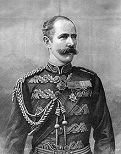










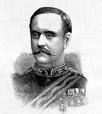





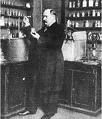
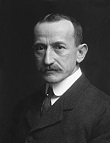







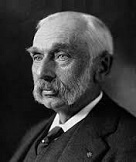






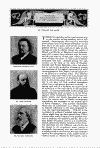


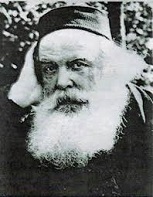


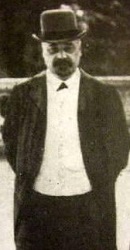

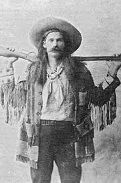



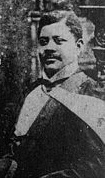










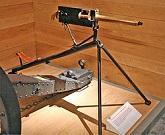



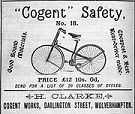


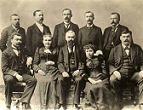


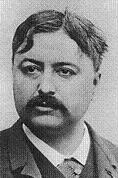



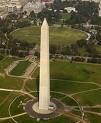


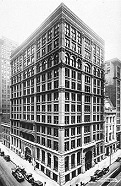



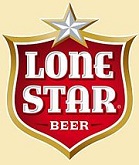
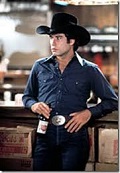
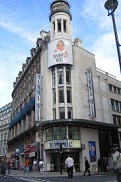
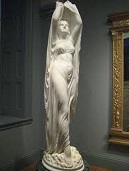
1884 And lead us not into temptation, but deliver us from evil? Although European penetration of Africa has been limited until 1880, the Belgians and the British start a race for colonialization, resulting in the 14-nation Berlin (Congo) (West African) Conference this year and next, marking the climax of white European land-grabbing in Africa, and resulting in the Treaty of Berlin next year; no single European power is permitted to claim the whole continent, and all claims have to be based on military occupation; Germany and France compete against Britain, with Kaiser Wilhelm I uttering the soundbyte that Germany is being "squeezed in the heart of Europe by colonizing neighbors", wanting to get some in Africa to compensate; by 1900 European states claim 90% of Africa - they can claim, but can they tame? On Jan. 4 the Ferrocarrilles del Estado state railway in Chile begins operation between Santiago and Valparaiso on broad gauge (1.676m) tracks; too bad, the tracks in N Chile are narrow gauge (1m). On Jan. 4 the British Socialist Fabian Society is founded in London by a group of middle-class intellectuals incl. Havelock Ellis (1859-1939) and Edith Nesbit (1858-1924) to promote democratic Socialism via gradualist-reformist efforts rather than rev. ovethrow; Irish playwright George Bernard Shaw (1856-1950) joins in 1884 - is that the dog that saved the day? On Jan. 18 U.S. steamship City of Columbus sinks off Gay Head Light, Mass., killing 99. On Feb. 8 Zulu king (1872-9) Cetshwayo (b. 1826) dies, and on May 20 his son Dinuzulu kaCetshwayo (1868-1913) becomes king of Zululand (until Oct. 18, 1913) while in the midst of the Zulu Civil War (begun July 22, 1883); on June 5 the Zulu Civil War (begun July 22, 1883) ends with the bloody Battle of Ghost Mountain (Tshaneni); the numerous skulls from the battle are later used as road markers; too bad, he had to use 800 Boer mercenaries, who turn around and demand the N half of his kingdom as payment, and after the British govt. intervenes and denies, er, reduces their claims, on Aug. 5 they declare Natal Colony, with capital at Vryheid, which is absorbed into Transvaal in 1889 - thanks, black suckahs? On Feb. 14 the mother of Theodore Roosevelt dies, then on the same day his wife Alice Hathaway Lee (b. 1861) dies in his arms two days after childbirth; "The light has gone out of my life" he writes in his tear-soaked diary. On Feb. 18 British Gen. Charles "Chinese" Gordon (later known as the Khartoum Pasha) arrives in Khartoum via Cairo, where is appointed gov.-gen. of Sudan again (1st time 1873), and pardons Sudanese slave trader ("Slaver King") Al-Zubayr (Sebehr) (Zobeir) Rahma (Rahma) Mansur AKA "the Black Pasha" in exchange for joining his forces, then astonishes Europe by offering him his job as gov.-gen. of Sudan, which is approved by Queen Victoria and William Gladstone but nixed by the British govt.; after 2.5K Egyptians are evacuated, the Madhi's army sieges Khartoum beginning Mar. 18; meanwhile another revolt against the Anglo-Egyptians begins in E Sudan, capturing the Red Sea port of Suakin after a British force under Gen. Sir Gerald Graham (1831-99) is ordered to evacuate, followed in May by Berber at the confluence of the Nile and Atbara Rivers; too bad, Gordon decides to ignore the order to evacuate Khartoum, and the British govt. doesn't back him up till Aug., sending the Nile Expedition (ends 1885) under Irish-born British gen. Garnet Joseph Wolseley, 1st Viscount Wolseley (1833-1913) to relieve him in Nov., and after his troops poke along too slowly, they send a flying column of 1.5K camel and horse troops under British gen. Sir Herbert Stewart (Stuart) (1843-85) from Wadi Halfa in N Sudan on Lake Nubia (Nasser) over the Bayyudah Desert, who reach Korti in late Dec., then use their nifty Gardner machine gun to defeat an army of 12K Mahdist Dervish Fuzzy-Wuzzies (Hadendoa Bejoa) at Abu Klema next Jan. 17, and Metemma on Jan. 19 (killing 1.1K while losing only 74 of their own), after which they are greeted by four steamer gunboats sent 4 mo. earlier by frantic Gordon, and embark on Jan. 24, a day late and a dollar, er, pound short?; on Feb. 16, 1885 Stewart dies en route back to Khartoum of a mo.-old wound, becoming a symbol of British devotion to loyalty. On Feb. 19-20 the U.S. South is rocked by the 15-hour Enigma Tornado Outbreak of 50-60 tornadoes in Ala., Ga., Ill., Ind., Ky., Miss., N.C., and S.C., Tenn. and Va., killing 178-1.2K and causing destroying 10K bldgs., causing $3M-$4M damage; on Aug. 28 the first photograph of a tornado is taken near Howard, S.D. - is this like when Jesus died and the sky darkened? (see Feb. 14 above) On Mar. 3 in Ex Parte Yarbrough, the U.S. Supreme (Waite) Court unanimously (9-0) upholds federal power to protect an individual's right to vote and punish private obstruction by Yarborough, a white man who is convicted of beating a black man to prevent his voting in a federal election. On Mar. 13 the U.S. Congress adopts Eastern Standard Time (EST) for the District of Columbia. On Apr. 4 the War of the Pacific (begun 1879) between Chile and Bolivia ends with the Truce of Valparaiso, and Bolivia loses several thousand sq. mi. incl. its outlet to the Pacific. On Apr. 19 steamship State of Florida collides with bark Ponema and sinks in the mid-Atlantic, killing 145. On May 11 after Empress Cixi gets pissed-off at their failure to keep the French from taking over Vietnam and dismisses Prince Gong and the grand council, minister Li Hongzhang signs a preliminary convention with French Capt. Francois Ernest Fournier (1842-1934), but that falls through and on June 23 the Chinese defeat the French at the Battle of Bacle (Baclé), leading to an undeclared war; on Aug. 23 the French navy destroys the new Fuzhou arsenal and begins attacking Taiwan. On May 30 "Magnificent Yankee" Oliver Wendell Holmes Jr. (1841-1953) gives a memorable feel-good Memorial Day Speech. On June 3 the Hewett Treaty (Treaty of Adwa) between Britain, Egypt, and Ethiopia ends the conflict between Egypt and Ethiopia; Ethiopia is given free transit for all goods incl. arms through the port of Massawa, with Britain guaranteeing protection; Egypt returns Bogos to Ethiopia; Ethiopia agrees to assist Egyptian troops in evacuating from Kassala, Amadid, and Senheit; Egypt agrees to allow passage of the new Abuna (spiritual) head of Ethiopia; Egypt and Ethiopia agree to extradition of criminals; Ethiopis agrees to British arbitration of disagreements; too bad, soon after Egypt evacuates Massawa, Italy invades, starting a new conflict between Ethiopia and Italy. On June 3-6 the 1884 Repub. Nat. Convention in Chicago, Ill. nominates former U.S. secy. of state (1881, 1889-92) James G. Blaine (1830-93) of Maine for pres., and Ill. Sen. (Civil War Union Gen.) John Alexander Logan (1826-86) for vice-pres.; Cleveland's rep. for honesty causes Tammany Hall, the Dem. machine in New York City to oppose him, while liberal Repubs. (Mugwumps, described as "a bird usually to be seen sitting on a fence, with its mug on one side and its wump on the other") desert the corrupt Blaine; meanwhile fun-guy U.S. Civil War Gen. Benjamin Franklin Butler (Mass. gov. since 1882) becomes the candidate of the new populist Anti-Monopoly Party (founded in Chicago, Ill. on May 14), which advocates laws regulating interstate commerce, direct popular vote for U.S. senators, a graduated income tax, repeal of all tariffs, and prohibition of govt. land grants to corporations; before the election the Nat. Greenback-Labor Party unites with it; on June 5 after U.S. Gen. Philip Sheridan succeeds U.S. Civil War hero slash villain Gen. William Tecumseh Sherman as CIC of the U.S. Army, Sherman refuses the Repub. pres. nomination, saying "I will not accept if nominated and will not serve if elected" - I'm too used to having somebody tell me what to do? On June 22 (9:00 p.m.) the Navy relief expedition led by Capt. Winfield Schott Schley (1839-1911) on the converted whaler Bear reaches the survivors of the Greely expedition at Cape Sabine, and rescues six of the original 25, incl. Greely; Albert L. Operti (1852-1927) is commissioned to produce the painting The Rescue of the Greely Party, which is hung at the U.S. Capitol. On July 8-11 the 1884 Dem. Nat. Convention in Chicago, Ill. sees pres. Chester Arthur, who secretly suffers from Bright's disease (kidney disorder) choose not to run again, and obese (but good kidneys) (libertarian?) Stephen Grover Cleveland of N.Y. chosen as their pres. candidate, with Thomas Andrews Hendricks of Ind. for vice-pres.; the nomination is clinched after a speech by U.S. rep. (D-Wisc.) (former Civil War Union gen.) Edward Stuyvesant Bragg (1827-1912), that attacks Manhattan's Tammany Hall machine, with the soundbyte: "They love him, gentlemen, and they respect him, not only for himself, for his character, for his integrity and judgment and iron will, but they love him most of all for the enemies he has made", to which the Tammany boss shouts that he "welcomed the compliment". On July 23 Spanish steamship Gijon collides with British steamship Lux off Finistere, killing 150. On Aug. 1 Kien Phuc is poisoned by the regents, and his younger brother Ham Nghi (1872-1943) becomes emperor of French-controlled Vietnam (until July 4, 1885). On Aug. 5 the cornerstone of the Statue of Liberty is laid on Bedloe's Island. On Aug. 29 Joseph Carey Merrick (1862-90), who suffers from gross deformities takes a job in a sideshow in England, and later is seen by physician Sir Frederick Treves, 1st Baronet (1853-1923), who eventually gives him shelter in London Hospital, where he becomes a Victorian celeb known as the Elephant Man, eventually dying after trying to sleep horizontally and dislocating his neck. On Oct. 15 the Society for the Protection of Jewish Immigrants from the Slavonic provinces is founded in Philadelphia, Penn. On Oct. 20 there is a great fire at the Eaton Sash and Blind Factory in West Carthage, N.Y. On Oct. 29 after Grover Cleveland acknowledges his fathering of an illegitimate child (making him the Bill Clinton of the 19th cent.?), while James G. Blaine is plagued by the compromising Mulligan Letters of 1876, which are finally pub., revealing the incriminating postscript, "Burn this letter", Blaine supporter Samuel Dickinson Burchard (1836-1901) (Protestant) calls the Dems. the party of "Rum, Romanism and Rebellion" in Blaine's presence at the Fifth Avenue Hotel in New York City, which he fails to disavow (even though his sister is mother superior in a convent), turning Catholics off, and later making him believe it costs the Irish Catholic vote in New York, which he loses by only 1,149 out of 1.125M votes cast) - shut up, shut up, shut up or I'll bust you up? In Oct. after deputizing himself to arrest a drunk cowboy, 9-lived N.M. atty. Elfego Baca (1865-1945) gets into a shootout in Reserve, N.M. with 40-80 gringo cowboys from the Jon Slaughter Ranch, who shoot 4K bullets into his adobe house, none of which hit him, while he kills four of them and wounds eight; after 33 hours, Baca surrenders unharmed; next Aug. he is acquitted of murder after the door of his house with 400 bullet holes is introduced as evidence. On Oct. 13 the Internat. Meridian Conference of delegates from 25 nations in Washington, D.C. adopts the SE London suburb of Greenwich (pr. GREN-ich) as the location of the Prime Meridian, to be used in a worldwide system of time zones; San Domingo votes against, and France and Brazil abstain; the old Arago (Paris) Rose Line passing through Paris (Church of Saint-Sulpice) is abandoned by every country except France, which doesn't get with it for several decades- like living in a sexless marriage? On Nov. 6 the Kattowitz (Katowice) Conference in Katowice, Germany for lovers of Zion (Chibath Zion) (many from Russia) gains Zionism its first internat. recognition. In Nov. Dem. candidate Grover Cleveland and his running mate Thomas A. Hendricks edge Rep. candidate James G. Blaine and his running mate Sen. John A. Logan by 4.9M to 4.8M popular votes (219 to 182 electoral votes); populist Benjamin Franklin Butler receives 130K votes, and his two populist parties soon fold. On Dec. 6 U.S. Army engineers set the capstone on the Washington Monument (begun July 4, 1848) N of Independence Ave. SW in Washington, D.C., designed by Charleston, S.C.born architect Robert Mills (1781-1855), who designed another one 20 years earlier in Baltimore, Md.; it is dedicated by Pres. Arthur on Feb. 21, 1885, and officially opened on Oct. 9, 1988, becoming the world's tallest manmade structure after the Cologne Cathedral (until 1889); it contains 36,491 stone blocks and is 555 ft. 5-1/8 in. tall, and its tip is made of 100 oz. of aluminum, the largest and costliest block of the metal yet cast (it was displayed at Tiffany's in New York City before being installed so that people could jump over it and pretend they were giants?); steam-powered elevators take visitors to the top in 12 min.; Leslie's mag. calls it an "unsightly pile on the Potomac", and Harper's says, "The huge shaft is in itself a rather meaningless memorial of a great man"; in 1998 it undergoes a $1.5M renovation - a giant white shaft sticking out of the U.S. capital city is meaningless? On Dec. 4-6 the Korean Coup (Gapsin or Kapsin Jeongbyeon or Rev.) of 1884 sees the Japanese-backed Reform Party attempt to oust the Chinese from Korea by taking advantage of its war with France, killing a number of ministers and capturing the king before Chinese troops recapture him and secure the palace in Seoul, causing the Japanese to flee along with reformist leader Kim Ok-kyun (Ok-gyun) (1851-94); full war between China and Japan is narrowly averted. On Dec. 6 the 1884 U.S.-Hawaii Treaty limits the duration of the 1875 commercial reciprocity treaty. In Dec. the Warren Expedition sees 4K British and local troops led by Maj. Gen. Sir Charles Warren (1840-1927) leave Cape Town accompanied by three newfangled observation balloons (first used by the British army in the field), then suppress the Boer freebooter states of Stellaland and Goshen, which were backed by the Transvaal and were accused of stealing land and cattle from local Tswana tribes; meanwhile a group of Boers led by 22-y.-o. Louis Botha (b. 1862) found New Repub. in Zululand. In Dec. the Tampa Bay Times (originally the "West Hillsborough Times") is founded in Dunedin, Fla., moving to St. Petersburg, Fla. in 1898 and changing the name to the "St. Petersburg Times", going from weekly to bi-weekly in 1907, and daily in 1912; in 1964-2009 it wins 12 Pulitzer Prizes; on Jan. 1, 2012 it is renamed the "Tampa Bay Times", reaching a modern-day circ. of 240K daily and 403K Sun. William Gladstone's 1884 Reform Act extends the number of eligible male voters in Britain by 6M. Chile extends suffrage to all males over 25 years of age. Spain creates a protectorate in the coastal areas of Morocco. Britain declares a protectorate over British New Guinea (Papua); special commissioner-gen. Sir Peter Henry Scratchley (1835-85) (come again?), a military engineer in charge of the defenses of Australia and New Zealand arrives in Port Moresby next year; meanwhile Germany annexes the NE mainland part of New Guinea and the 200-island 20K sq. mi. New Britain Archipelago (which it renames the Bismark Archipelago next year), incl. the islands of New Britain, New Ireland, New Hanover, Duke of York Islands, Admiralty Islands, Lavongai, and Manus (minus Bougainville), along with atolls in the Solomons (NW of a line through the Bougainvaille Strait, the other half going to Britain), all under the name Protectorate of the New Guinea Co., a private firm based in Berlin; it becomes a colony in 1899. France annexes a small strip of the hinterland to Obock to found the protectorate of French Somaliland (later Djibouti) in E Africa on the Gulf of Aden at the entrance to the Red Sea, and in 1888 founds the town of Djibouti on the Gulf of Tadjoura opposite Obock on the trade route to Ethiopia, but keeps the admin. in Obock (until 1892). Germany occupies SW Africa. Gen. Porfirio Diaz returns to power in Mexico, establishing a dictatorship ("the Porfiriato") (until 1910), appropriating Indian communal lands to give to the big landowners, exterminating Yaqui Indians in the north, impoverishing the peasantry, sexually exploiting women, crushing the middle class, and backing the Roman Cathlic Church as the opiate of the people - God bless you my son says the pope? Afghanistan conquers the khanate of Maymana. A French law excludes members of former dynasties from the presidency. The British South African Co. of Cecil Rhodes receives a charter to develop the country of Malawi (Nyasaland) in SE Africa, and end up in a war with Arab slavers in 1887-9; Bechuanaland NW of Johannesburg is occupied by the British at Rhodes' instigation. The U.S. Navy continues its modernization program, ordering five more small cruisers and two large cruisers, plus two 2nd-class battleships at 6.6K tons, the "Remember the" Maine, and the Texas; the Naval War College in Newport, R.I. opens. The U.S. Congress authorizes Enrolled Agents to prepare claims against the govt. for citizens whose property was confiscated during the U.S. Civil War; the EAs go on to become taxpayer reps. against the IRS in modern times. Divorce is relegalized in France. Cholera-plagued Naples gets a new pure water supply and sewage system, and begins eradicating its slums - but I like slumming in Naples? Facing competition from Liverpool, Bristol buys the docks at the mouth of the Avon River. After major floods in the Mississippi and Ohio river basins, the Am. Red Cross is helped for the 1st time by children, "The Little 6", who put on a play in Penn., raising $50. Bananas begin to be regularly imported to Britain by Elder Dempster & Co. from the Canary Islands - gotta hand it to 'em? Black-beautiful Miss.-born Ida B. Wells-Barnett (1862-1931) is thrown off a train in Memphis for refusing to sit in the coloreds-only section, and takes the Chesapeake & Ohio Railroad Co. to court, winning in the lower courts but losing in the Tenn. Supreme Court, then turning into a journalist and crusading for black equality - with flowers in her hair? English #1 journalist William Thomas Stead (1849-1912) pub. an article in the Pall Mall Gazette on Sept. 15 titled What is the Truth About the Navy?, warning of the growing German naval threat, causing Parliament to appropriate funds to modernize their navy; Stead gives the first known journalistic interview to British Gen. Chinese Gordon; next year he begins a crusade against child prostitution with a series of articles titled "The Maiden Tribute of Modern Babylon", arranging to have 13-y.-o. Eliza Armstrong "purchased" in order to create a news event; even though his sensational story causes passage of the U.S. Criminal Law Amendment (Stead) Act of 1885, raising the age of consent from 13 to 16, he ends up getting 3 mo. in priz since he didn't get permission from the girl's daddy; meanwhile he envisages an Anglo-Saxon reunification in the form of an imperial federation between the U.S. and U.K. After attending Ohio Central College, Warren G. Harding becomes interested in journalism and buys The Marion Star. The Capital daily newspaper is founded in Annapolis, Md.; in 2014 it is acquired by the Baltimore Sun Media Group. Sidney Colvin (1845-1927), friend (since 1873) of Robert Louis Stevenson becomes keeper of prints and drawings at the British Museum (until 1912); he is knighted in 1911. Eccentric Welshman Dr. William Price (1800-93) (who believes he is an arch-Druid and likes to dress up in the hooded robes) is acquitted in Cardiff for cremating his son, paving the way for, er, modern cremation. The London Convention on the Transvaal convenes - need to rethink that independence thingie? The first deep tube (underground railroad) begins operation in London. Groton School in Mass. is founded by Episcopalian Rev. The Am. Historical Assoc. (AHA) is founded in Washington, D.C., with Andrew Dickson White of Cornell U. as pres. #1 (until 1886), receiving a Congressional charter in 1889 "for the promotion of historical studies, the collection and preservation of historical manuscripts, and for kindred purposes in the interest of American history, and of history in America", going on to become the oldest and largest historian society in the U.S., pub. The Am. Historical Review and Perspectives on History; the first paper delivered at the first meeting in 1884 is by Dorchester, Mass.-born Harvard U. history prof. (1883-1929) Edward Perkins Channing (1856-1931), son of poet William Ellery Channing, who got turned on by a lecture by Henry Adams, wins the 1884 Tappan Prize for Town and County Government in the English Colonies (1983), and goes on to pub. A History of the United States (6 vols.) (1905-25), which becomes a std. work., stressing the endless progress and ultimate victory of the forces of union over particularism Social Darwinist style, covering the unique contributions of each section to the whole, and breaking with Frederick Jackson Turner and his Frontier Thesis to emphasize the role of urbanization and improvements in transportation. The Am. Society for Psychical Research is founded in Boston, Mass., with New York City-born psychologist William James (1842-1910) (brother of novelist Henry James) as pres. #1. The 15-member Wolf's Head Society (originally the Third Society) is founded at Yale U. to compete with Skull & Bones (1832)and Scroll & Key (1841). Endicott Peabody (1857-1944), practicing cold-shower "muscular Christianity", with the motto "To serve God means to rule", later becoming a factory for CIA and State Dept. bigwigs incl. FDR and the Harriman brothers; Peabody later officiates at the marriage of Franklin and Eleanor Roosevelt; Peabody's grandson Endicott "Chub" Peabody (1920-97) becomes Dem. Mass. gov. #62 in 1963-5. Miss. U. for Women (originally Industrial Inst. and College, later Miss. State College for Women) is founded in Columbus, Miss., becoming the first state-supported women's college in the U.S.; on July 1, 1982 the U.S. Supreme (Burger) Court rules 7-2 in Miss. U. for Women v. Hogan that a single-sex admissions policy for a state-support univ. violates the Equal Protection Clause of the 14th Amendment. Temple U. is founded in Philadelphia, Penn. by Baptist minister Dr. Russell Herman Conwell (1843-1925) of Conwell's Baptist Temple, becoming one of the top U.S. prof. schools incl. law, medicine, podiatry, pharmacy, dentistry, and architecture. The Nat. Confectioners Assoc. is founded in Chicago, Ill. by 69 candy firms, growing to 700 members by modern times, sponsoring the annual All Candy Expo at the McCormick Place Convention Center (Sweets & Snacks Expo in 2010); in 2008 it merges with the Chocolate Manufacturers Assoc. of the USA (Chocolate Council). Broadway theaters begin the tradition of handing out playbills. Czech composer Antonin Dvorak (1841-1904) makes the first of nine trips to England (until 1895), conducting and composing, and developing a love for Am. Negro spirituals and Am. Indian music. English poet-writer and top amateur fencer Walter Herries Pollock (1850-1926) succeeds Philip Harwood as ed. of Saturday Review (until 1894), collaborating with Andrew Lang and becoming friends with Rudyard Kipling, Robert Louis Stevenson, Oscar Wilde et al. The Ringling Brothers Circus is founded in Baraboo, Wisc. by five brothers (sons of German-born harness maker August Rungeling, all Freemasons) Albert C. Ringling (1852-1916), Alfred T. Ringling (1861-1919), Charles Edward Ringling (1863-1926), John Nicholas Ringling (1866-1936), and Otto Ringling (1858-1911); brothers August (Otto) Ringling (1854-1907) and Henry William George Ringling (1868-1918) join later; in 1954 their HA at 550 Water St. is turned into the Circus World Museum. Charles Taze Russell (1852-1916) et al. form the Bible-thumping Zion's Watch Tower Tract Society, and the Internat. Bible Students, later known as the Jehovah's Witnesses in Pittsburgh, Penn.; Russell, who believes that the Bible and its conflicting, er, moral code are absolute truth, marries beautiful virgin Bible-thumping babe Maria Frances Ackley (1850-1938) in 1879 after er, knowing her a few mo., and they live together in a chaste marriage, with zero sex, leaving them both all the time they want to read their you know whats and plan for eternal life together after Armageddon, when there is plenty of time to, ahem, you know what, and raise children; too bad, she gets ideas that he considers extra-Biblical about women having a role in running the org., and they separate in 1897, after which it gets dirty and she sues for divorce in 1906, using the trial to expose his dirty laundry. English artist-poet William Morris (1834-96) et al. found the Socialist League, which pub. The Commonweal. The Tembu Nat. Church is founded in Transkei, Africa by Nehemiah Xoxo Tile. Charles Francis Adams Jr. (1835-1915), grandson of John Quincy Adams becomes pres. of the Union Pacific Railroad (until 1890). Robert Hoe et al. found the Grolier Club, devoted to the art of book making (not bookmaking) for bibliophiles, named after French treasurer-gen. and bibliophile Jean Grolier de Servieres (Servières), Viscount d'Aguisy (1479-1565), whose motto is "Of or belonging to Jean Grolier and his friends". Wilhelm Gericke (1845-1925) becomes conductor of the Boston Symphony Orchestra (until 1889). Payson, Ariz. hosts the first continuous Am. rodeo, organized by Abraham (Charles) Henson "Arizona Charlie" Meadows (1860-1932). The Memorial Sloan-Kettering Cancer Center (originally New York Cancer Hospital) in New York City is founded; in 1945 Alfred P. Sloan Jr. and Charles F. Kettering found the Sloan Kettering Inst. with a $4M gift from Sloan to apply industrial research techniques to cancer research. James Gordon Bennett Jr. of the New York Herald teams with Am. financier John W. Mackay to found the Commercial Cable Co. to combat the cable monopoly of Jay Gould and lower prices to help Bennett's newspaper empire. Bunge y Born in Buenos Aires, Argentina is founded by German-born Ernesto Bunge, becoming the #1 food processing co. in Argentina, branching into chemicals and fertilizer by the 1930s. Ringling Brothers Circus establishes its HQ and wintering grounds in Baraboo, Wisc. (until 1917), causing it to become known as "Circus City". Marks and Spencer luxury food products co. is founded in Leeds, London, England by Polish Jewish immigrant Michael Marks (1859-1907) and Thomas Spencer (182-1905); the store brand is called St. Michael's; by 1998 it has 1K stores in the U.K., Russia, Greece, Turkey, and Europe, becoming the first British retailed with a pre-tax profit of £1B before slumping because of the Internet. The word "tabloid" is trademarked for a new type of medicine pill, and is later used for a half-sized picture-filled sensational newspaper. The newspaper Le Matin (The Morning) begins pub. in Paris. (until 1944), founded by New York Evening Telegram ed. (since 1881) Samuel Selwyn Chamberlain (1851-1916) on the model of The Morning News of Britain; the first issue is pub. on Feb. 26; in 1889 he becomes ed. of William Randolph Hearst's San Francisco Examiner, followed by the New York Morning Journal (1895), Philadelphia North American (1900), New York American (1905), Cosmopolitan (1907), and back to the San Francisco Examiner (1909-15). Imo Zabi Ntgundo, the first Xhosa newspaper begins pub. in Africa. Franklin H. Sargent (1851-1923) and Steele MacKaye (1842-94) found the Am. Academy of Dramatic Arts (original name the Lyceum Theatre School) in Plattsburg, N.Y., which is chartered by the state of N.Y. in 1899, giving instruction in all aspects of the theater; Sargent commits suicide with a revolver in 1923. Playbill begins pub. in New York City, starting with a single theater on 21st St., and expanding to cover nearly all Broadway and off-Broadway shows. Georges Seurat forms the Societe des Artistes Independants with Maximilien Luce (1858-1941), Paul Signac (1863-1935) et al., then in the summer begins working on his masterpiece "Sunday Afternoon on the Island of La Grande Jatte" (finished 1886). After seducing his wife's 13-y.o. sister Yuliana Dmitrievna "Justine" Glinka (1844-1918) in 1857, and getting her pregnant, Russian historical novelist Vsevolod Sergeyevich Solovyov (1849-1903) son of historian Sergei Solovyov and brother of philosopher Vladimir Solovyov flees to Paris and hooks up with Theosophy founder Madame Blavatsky, but breaks with her in 1886, denouncing her as a failed spy for the Okhrana; meanwhile Glinka moves to Paris and also hooks up with Blavatsky, becoming a secret agent of Okhrana chief in Paris (1885-1902) Pyotr Ivanovich Rachkovsky (1853-1910), allegedly delivering the infamous "Protocols of the Elders of Zion" to him. Rubery Owen engineering co. is founded in Darlaston, West Midlands, England by the Rubery Brothers John Tunner Rubery (1849-29), Samuel Rubery (1844-1910), and Thomas William Rubery (1856-1925) to manufacture iron gates and fences; in 1903 engineer Sir Alfred George Beech-Owen (1900-75) replaces two brothers; after expanding in the 1920s-30s to manufacture metal airframes et al., they manufacture the first British forklift truck in 1946. The Simmons & Wright Co. gen. store in Kewanee (near Meridian), Miss. is founded, becoming famous for its hoop cheese and for allowing farmers to pay them with cotton during the Great Depression. The Lone Star Brewing Co. is founded in San Antonio, Tex. by Adolphus Busch of St. Louis, Mo. and Otto Koehler, becoming the first large mechanized brewery in Tex., producing "the National Beer of Texas"; it is prominently featured in the 1980 film "Urban Cowboy"; in 1976 it is acquired by Olympia Brewing Co., which in 1983 is acquired by G. Heileman, which in 1996 is acquired by Stroh Brewery. Sports: The All Blacks nat. rugby football team of New Zealand first competes internationally against Cumberland County, N.S.W., Australia, going on to compile a winning record against every internat. rugby team. English cricketer George Lohmann (1865-1901) plays first-class cricket for Surrey in 10 matches, going on next year to becoming one of the top bowlers of all time. Women are allowed to play in the All-England Lawn Tennis Championships in Wimbledon; Maud Watson (1864-1946) becomes the first women's singles champion, winning the Venus Rosewater plate - to serve men with? The Gaelic Athletic Assoc. of Ireland establishes official rules for Gaelic Football, popular since the 16th cent., where whole towns attempt to drive a ball across a line in the opponent's town. The Hong Kong Jockey Club is founded to promote amateur horseracing, going prof. in 1971, and getting a royal charter from Elizabeth II in 1959, receiving a govt. monopoly. Architecture: In Jan. the Prince of Wales Theatre on Coventry St. between Piccadilly Circus and Leicester Square in West End, London (cap. 800) opens as the Prince's Theatre (until 1886); the first production is W.S. Gilbert's "The Palace of Truth", starring Herbert Beerbohm Tree; in 1885 the theater helps launch the career of Lillie Langty; in 1892 the first English musical comedy "In Town" debuts there; rebuilt in 1937, with cap. 1,160. The first steel-framed office bldg. (skyscraper), the 10-story 180-ft. Home Insurance Bldg. in Chicago (1884-5) is designed by Fairhaven, Mass.-born architect William Le Baron Jenney (1832-1907), becoming the tallest bldg. on Earth (until 1889); demolished in 1931. Italian architect Giuseppe Sacconi (1854-1905) begins building a Monument to King Victor Emmanuel II in Rome (finished 1911). Inventions: On Aug. 9 Arthur Constantin Krebs (1850-1935) and Charles Renard (1847-1905) pilot the electric-powered French army airship La France in Chalais Meudon near Paris, covering 8 km (5 mi.) in 23 min., becoming the first round-trip fully controlled takeoff and landing free-flight. Edward Goodrich Acheson (1856-1931), an asst. of Thomas Edison since 1880 invents Carborundum (crystalline silicon carbide) (#2 hardest surface next to diamond) (named after corundum or aluminum oxide) during experiments for producing artificial diamonds by heating a mixture of clay and coke with a carbon arc, and receives a patent in 1893, although his electric batch furnace patent goes to Electric Smelting and Aluminum Co. - of Topeka? Canadian chemist Marcellus Gilmore Edson (1849-1940) of Montreal patents Peanut Butter (#306,727), selling it to people with poor teeth for 6 cents/lb. Norwegian inventor Jens William Aegidius Elling (1861-1949) patents the first Gas Turbine, which produces 11 net hp; it takes until 1903 to build one that produces excess power. Am. inventor Stephen Dudley Field invents a speed stock ticker. Am. inventor Herman Hollerith (1860-1929) submits a patent for the punched card reader, called the Electric Tabulating Machine, initially used by the U.S. Census and later used on computers, going on to found Internat. Business Machines Co. (IBM) (originally the Computing-Tabulating-Recording Co.) on June 16, 1911. U.S.-born English engineer Sir Hiram Stevens Maxim (1840-1916), after giving up on competing with Thomas Edison takes a friend's 1883 advice "If you want to make your fortune, invent something to help these fool Europeans kill each other more quickly", and in June-July patents the portable recoil-operated automatic quick-fire Maxim (Machine) Gun (600 rounds a min.) and founds the Maxim Gun Co. in Crayford, Kent to produce it, which is bought out in 1896 by Vickers Corp., causing it to become known as the Vickers Gun, becoming the standard British machine gun, also adopted by the Russians; after it becomes responsible for killing half the Japanese in the Russo-Japanese war, he is knighted by Queen Vicky in 1901 - trench warfare when when when? Am. inventor Ottmar Mergenthaler (1854-99) invents the Linotype, which produces a solid line of type at a breathtaking 4 lines per min. (up to 15 by 1945), becoming the greatest advance in info. technology since Gutenberg?; the New York Tribune begins using it commercially on July 1; the two left-hand vertical rows of the keyboard form the sequences "etaoin shrdlu"; an English trade journal runs a cartoon of a robot setting type, expressing Luddite fears among printers. English engineer Charles Algernon Parsons (1854-1931) invents the first practical steam turbine engine, showing it off in June 1897 by powering his yacht Turbinia at an unheard of 34 knots (vs. 27 knots for the fastest Royal Navy ships of the day), getting knighted for it in 1911. John Kemp Starley (1854-1901) of Coventry, England invents the Rover Safety Bike, with diamond-shaped frame, two wheels of identical size (26 in.), and a chain-driven rear wheel, using a large front cog and small rear cog, which "sets the pattern to the world", making the penny-farthing seem like a needless risk; no seat or brakes yet. Am. insurance salesman Lewis Edson Waterman (1837-1901) invents the first practical Fountain Pen with a hair-thin channel to draw the ink by capillary attraction - just like little tiny petite me? Science: On Nov. 25 after English physician Alexander Hughes Bennett (1848-1901) diagnoses the location based on neurological findings alone, English surgeon Sir Rickman John Godlee (1849-1925) performs the first primary (exposed) brain tumor removal, founding Brain Surgery. The analgesic Aminopyrine is discovered and used a synthetic substitute for quinine. Swedish chemist Svante August Arrhenius (1859-1927) proposes the ionic theory of chemistry in his doctoral dissertation, pointing out that solutions of salt in water are better conductors than pure salts or pure water, and dissociation into ions is practically complete even when there is no passage of electric current; his teachers barely pass him, but he later wins the 1903 Nobel Chem. Prize. Sierra Leonean physician John Farrell Easmon (1856-1900) pub. the pamphlet "The Nature and Treatment of Blackwater Fever", coining the term "blackwater fever" for a malarial infection in which red blood cells bust in the bloodstream, leading to kidney failure. Emil Fischer (1852-1919) makes a breakthrough in the chemistry of sugars, discovering a reaction that crystallizes them, and the configuration of glucose. Austrian ophtalmologist Karl Koller (1857-1944) first uses cocaine as a local anesthetic for eye surgery, becoming known as Coca Koller after he emigrates to the U.S. in 1888 German physician Arthur Nicolaier (1862-1934) discovers the tetanus bacillus. Am. geologist S.E. Osborn explores Mesa Verde in Colo., and enters Balcony House. Russian physiologist Ivan Petrovich Pavlov (1849-1936) begins studying the digestive secretion of animals. Manchester-born English physicist John Henry Poynting (1852-1914) pub. Poynting's Theorem for the conservation of energy in an electric field, introducing the concept of the Poynting Vector. French neurologist Georges Albert Edouard Brutus Gilles de la Tourette (1857-1904) first medically describes g-d-d-mned-f-ck-in-g (coprolalia) (shit-speaking) (tic malady) Tourette's Syndrome; actually it is called Brissaud's Disease for French physician Edouard Brissaud (1852-1909) after he pub. a description in 1896, but later "Father of Modern Neurology" Jean Martin Charcot (1825-93) restores credit to Tourette - it would have to be Brutus? Nonfiction: Herbert Baxter Adams (1850-1901), Methods of Historical Study. Susan B. Anthony (1820-1906), Elizabeth Cady Stanton (1815-1902), Matilda Joslyn Gage (1826-98), and Ida Husted Harper (1851-1931), The History of Woman Suffrage (4 vols.) (1884-7). Eugen von Bohm-Bawerk (1851-1914), Kapital und Kapitalzins (Capital and Interest) (3 vols.) (1884-95); "History and Critique of Interest Theories" (1884), "Positive Theory of Capital" (1889), "Karl Marx (1818-83) and the Close of His System" (1895), Recent Literature on Interest (1884-9). Georg Morris Brandes (1842-1927), Danish Poets. Lewis Carroll (1832-98), The Principles of Parliamentary Representation. Felix Dahn (1834-1912), Die Kreuzfahrer (The Crusaders). Edward Dicey (1832-1911), England and Egypt. Richard T. Ely (1854-1943), The Past and Present of Political Economy. William Clark Falkner, Rapid Ramblings in Europe. David Dudley Field (Jr.) (1805-94), Speeches, Arguments and Miscellaneous Papers (1884-90). Sigmund Freud (1856-1939), Uber Coca; the wonderful drug cocaine, useful as a mental stimulant, aphrodisiac, and treatment for morphine and alcohol addiction; too bad, after the advent of hypodermic needles, morphine addicts begin mixing cocaine in to boost the high, causing Freud to call its use "like trying to cast out the Devil with Beelzebub". James Anthony Froude (1818-94), Thomas Carlyle: A History of His Life in London, 1834-1881 (2 vols.) (1882-4); causes a war with Carlyle's niece Mrs. Alexander Carlyle, who doesn't want his dirty laundry aired. Gottlob Frege (1848-1925), The Foundations of Arithmetic (Die Grundlagen der Arithmetik); defines artithmetical concepts in logical terms; makes fans of Bertrand Russell and Ludwig Wittgenstein. Laurence Gronlund (1846-99), The Cooperative Commonwealth: an Exposition of Modern Socialism. Mark Hopkins (1802-87), Teachings and Counsels. Henry Houssaye (1848-1911), The Land Act in Sparta. Richard Jefferies (1848-87), Life of the Fields. Prince Peter Kropotkin (1842-1921), Paroles d'un Revolte (Memoirs of a Revolutionist); Eng. trans. 1899. Stanley Lane-Poole (1854-1931), Social Life in Egypt: A Description of the Country and Its People. Andrew Lang (1844-1912), Custom and Myth. Sir John Lubbock, 1st Baron Avebury (1834-1913), Ants, Bees, and Wasps: A Record of Observations on the Habits of the Social Hymenoptera; causes Punch to satirize him with the rhyme "How doth the Busy Banking Bee/ Improve his shining Hours?/ By studying on Bank Holidays/ Strange insects and Wild Flowers!" Ilya Mechnikov (1845-1916), Theory of Phagocytes. Max Mueller (1823-1900), Biographical Essays. Sir James Augustus Henry Murray (1837-1915) (ed.), The Oxford English Dictionary (OED) (A New English Dictionary on Historical Principles; founded mainly on the materials collected by the Philological Society (10 vols.) (1884-1928) (supplement pub. in 1933); compiles it by collecting huge piles of scraps of paper with notes on them in his cramped cottage?; the 2nd ed. (1989) is 21,728 pages in 20 vols. Simon Newcomb (1834-1909), Extent of the Universe. Laurence Oliphant (1829-88), Symppneumata: Evolutionary Forces Now Active in Man. Ernest Renan (1823-92), Souvenirs d'Enfance et de Jeunesse (autobio.); his magical Celtic world of Brittany. Herbert Spencer (1820-1903), The Man Versus the State; The "coming slavery" of statism; "The function of Liberalism in the past was that of putting a limit to the powers of kings. The function of true Liberalism in the future will be that of putting a limit to the power of Parliaments"; "One of the most powerful and influential arguments for limited government, laissez faire and individualism ever written" (Henry Hazlitt). John Lawson Stoddard (1850-1931), Red-Letter Days Abroad; his round-the-world trip in 1874. Henry Baker Tristram (1822-1906), The Fauna and Flora of Palestine. David Ames Wells (1828-98), The Primer of Tariff Reform. Justin Winsor (1831-97), Narrative and Critical History of America (8 vols.) (1884-9). Music: Eugen d'Albert (1864-1932), Piano Concerto No. 1 in B Minor, Op. 2. Johannes Brahms (1833-97), Symphony No. 3 in F major, Op. 90. Claude Debussy (1862-1918), L'Enfant Prodigue; wins him the Grand Priz de Rome, causing him to spend two years there. Anton Bruckner (1824-96), Symphony No. 7 (Leipzig). Antonin Dvorak (1841-1904), The Specter's Bride (oratorio). Cesar Franck (1822-90), Prelude, Chorale, and Fugue; Les Djinns (symphonic poem). Sir William Schwenck Gilbert (1836-1911) and Sir Arthur Sullivan (1842-1900), Princess Ida (comic operetta #8); satires the women's movement. Gustav Mahler (1860-1911), Lieder Eines Fahrenden Gesellen. Jules Massenet (1842-1912), Manon (opera) (Opera-Comique, Paris) (Jan. 19); based on the 1731 novel "Manon Lescaut" by Abbe Prevost; his biggest hit. Percy Montrose, Oh My Darling, Clementine. Viktor Nessler, Der Trompeter von Sackingen (opera) (Leipzig). Bedrich Smetana (1824-84), Viola (incomplete); based on Shakespeare's "Twelfth Night". C.V. Stanford, Savonarola (opera) (Hamburg). Art: Sir Edward Coley Burne-Jones (1833-98), King Cophetua and the Beggar Maid. Walter Crane (1845-1915), The Bridge of Life. Edgar Degas (1834-1917), The Ironers. Thomas Eakins (1844-1916), The Swimming Hole. Jean-Louis Forain (1852-1931), Au Buffet. William M. Harnett, After the Hunt (tromp l'oeil). Winslow Homer (1836-1910), The Life Line. Chauncey Bradley Ives (1810-94), Undine Rising from the Waters; becomes a hit with art historians, who like to grace their front covers with it. Jule Joseph Lefebvre (1836-1911), The Feathered Fan; Portrait of Edna Barger. William Quiller Orchardson (1832-1910), Manage de Covenance; his most popular. Pierre-Auguste Renoir (1841-1919), The Bathers (1884-5). John Singer Sargent (1856-1925), Madame X. Georges Seurat (1859-91), Une Baignade, Asnieres. Plays: Michael Field (Edith Emma Cooper) (1862-1913), Calirrhoe. Gunnar Heibert (1857-1929), Tante Ulrikke (debut); a hit, it gets him the job as artistic dir. of the Nat. Theater in Bergen (1884-8), but his choice of plays to produce gets him canned. Henrik Ibsen (1828-1906), The Wild Duck; Hakon Werle, his son Gregers, Old Ekdal, Hialmar Ekdal, and Hedvig, who shoots not her duck but herself. Henry Arthur Jones (1851-1929), Saints and Sinners; 200 perf.; controversial depiction of middle class village life, incl. religion. Mihaly Munkacsy (1844-1900), Golgotha. Jean Richepin (1849-1926), Nana Sahib. Marie Spartali Stillman (1844-1927), Madonna Pietra degli Scrovigni. Poetry: Teofilo Braga (1843-1924), Miragens Seculares. Robert Browning (1812-89), Ferishtah's Fancies. Louise Imogen Guiney (1861-1920), Songs at the Start. Andrew Lang (1844-1912), Ballads and Verses Vain; Rhymes a la Mode. Walter Herries Pollock (1850-1926), Verses of Two Tongues. William Sharp (1855-1905), Earth's Voices; Sophistra and Other Poems. Jean Moreas (1856-1910), Les Syrtes. Jean Richepin (1849-1926), Les Blasphemes. Algernon Charles Swinburne (1837-1909), A Midsummer Holiday. Novels: Edwin Abbott (1838-1926), Flatland: A Romance of Many Dimensions; A Square encounters a Sphere from another world; ignored until Einstein's Theory of Relativity comes out, after which it becomes a classic. Henry Brooks Adams (1838-1918), Esther; New York City society. Louisa May Alcott (1832-88), Spinning-Wheel Stories. Walter Besant (1836-1901), Dorothy Forster (3 vols.). William Black (1841-98), Judith Shakespeare; William's daughter. Paul Bourget (1852-1935), L'Irreparable (first novel). Louis Henri Boussenard (1847-1910), Aventures Périlleuses de Trois Français au Pays des Diamants; set in a mysterious cavern beneath Victoria Falls. Mary Elizabeth Braddon (1837-1915), Ishmael. Wilkie Collins (1824-89), "I Say No". Alphonse Daudet (1840-97), Sappho: A Realistic Novel. Gabriele d'Annunzio (1863-1938), Il Libro delle Vergini. Juliana Horatia Ewing (1841-85), Jackanapes. H. Rider Haggard (1856-1925), Dawn; The Witch's Head. Joel Chandler Harris (1848-1908), Mingo, and Other Sketches in Black and White (short stories). Margaret Wolfe Hungerford (1855-97), Doris; The Witching Hour and Other Stories; Fortune's Wheel and Other Stories; A Week in Killarny (Her Week's Amusement). J.K. Huysmans (1848-1907), A Rebours (Against Nature); decadent novel about about homosexual aesthete Jean des Esseintes, turning on Oscar Wilde et al. to you know what? Helen Hunt Jackson (1830-85), Ramona (Sp. "wise guardian") (Nov.); bestseller (15K copies) about an Indian man and white woman who have a halfbreed orphan girl who suffers racial discrimination after the Mexican-Am. War; the first novel about S Calif., dramatizing the plight of Am. Indians, influencing S Calif. culture; on Apr. 13, 1923 the first annual reenactment is held at the Ramona Bowl Amphitheatre in Hemet, Calif. Guy de Maupassant (1850-93), Les Soeurs Rondoli (short stories). Conrad Ferdinand Meyer (1825-98), The Wedding of the Monk (Die Hochzeit des Monchs); Dante Allighieri's Italy. Charles Reade (1814-84), The Jilt and Other Tales; Good Stories of Man and Other Animals. Jean Richepin (1849-1926), sophie Monnier. Edward Payson Roe (1838-88), Nature's Serial Story; A Young Girl's Wooing. Henryk Sienkiewicz (1846-1916), With Fire and Sword. August Strindberg (1849-1912), Sleepwalker Awakens to the Day; Married (short stories) (1884-6). Bertha von Suttner (1843-1914), High Life. Leo Tolstoy (1828-1910), The Memoirs of a Madman (autobio.). Paul Verlaine (1844-96), Jadis et Naguere. Mrs. Mary Humphry Ward (1851-1920), Miss Bretherton (first novel). Births: Am. Dem. Colo. gov. #26 (1933-37) and #34 (1955-7) Edwin Carl Johnson (d. 1970) on Jan. 1 in Scandia, Kan. Am. novelist-filmmaker (black) Oscar Micheaux (Michaux) (d. 1951) on Jan. 2 in Metropolis, Ill.; first African-Am. filmmaker. Am. "Some of These Days", "My Yiddish Momme" singer-comedian (Jewish) ("Last of the Red-Hot Mamas") Sophie Tucker (Sonia Kalish) (d. 1966) on Jan. 13 in Russia; emigrates to the U.S. as an infant; starts out singing in blackface until 1909. English children's writer Arthur Ransome (d. 1967) on Jan. 18. Soviet diplomat-historian Ivan Mikhailovich Maiski (Mayski) (Jan Lachowiecki) (d. 1975) on Jan. 19 in Kirolov; Russian Polish descent parents. Am. ACLU founder Roger Nash Baldwin (d. 1981) on Jan. 21 in Wellesley, Mass.; educated at Harvard U. German diplomat Ludwig Maximilian "Max" Erwin von Scheubner-Richter (d. 1923) on Jan. 21 in Riga, Livonia (Latvia). Australian field marshal (1st) Sir Thomas Albert Blamey (d. 1951) on Jan. 24 in Wagga Wagga, New South Wales; CIC of Allied ground forces in the SW Pacific in 1942-5. English "Rio Rita", "Funny Face" librettist-caricaturist Frederick A. "Fred" Thompson (d. 1949) on Jan. 24 in London. Am. naturalist Roy Chapman Andrews (d. 1960) on Jan. 26 in Beloit, Wisc.; educated at Beloit College, and Columbia U.; discoverer of the baluchitherium; model for Indiana Jones? Am. Sapir-Whorf Hypothesis anthropologist-linguist (Jewish) Edward Sapir (d. 1939) on Jan. 26 in Lauenburg, Prussia; educated at Columbia U. Swiss physicist-inventor-explorer Auguste Antoine Piccard (d. 1962) on Jan. 28 in Basel; twin brother of Am. chemist and aeronautical engineer Jean Felix Piccard (d. 1963); both known for balloon ascents into the stratosphere, and Auguste for ocean descents in a bathyscaphe. Azerbaijan pres. #1 (only) (1918-20) (Muslim) Mammad Amin Rasulzade (d. 1955) on Jan. 31 in Novxani (near Baku). Am. Egyptologist Herbert Eustis Winlock (d. 1950) on Feb. 1 in Washington, D.C.; educated at Harvard U. Russian "We" novelist Yevgeny Ivanovich Zamyatin (d. 1937) on Feb. 1 in Lebedyan; the letter "L" is pale, cold and light blue? German "Letters to a Woman Painter" New Objectivity expressionist painter-sculptor-writer Max Beckmann (d. 1950) on Feb. 2 in Leipzig, Saxony; known for his self-portraits; "a cultural Bolshevik" (Nazi govt.). Am. "Gus the Fireman in Leave It to Beaver" actor Burton Hill "Burt" Mustin (d. 1977) on Feb. 18 in Pittsburgh, Penn.; educated at Penn. Military College; debuts in William Wyler's "Detective Story" (1951). Am. baseball hall-of-fame umpire ("The Boy Umpire") William George "Billy" Evans (d. 1956) on Feb. 10 in Chicago, Ill.; educated at Cornell U. Am. lyricist (Jewish) Bert Kalmar (d. 1947) on Feb. 10 in New York City; collaborator of Harry Ruby (1895-1974). Estonian Gen. Johan Laidoner (d. 1953) on Feb. 12 in Viiratsi. Am. socialite"Princess" Alice Lee Roosevelt Longworth (d. 1980) on Feb. 12 in New York City; eldest child of Theodore Roosevelt (1858-1919) and 1st wife Alice Hathaway Lee (b. 1861), who dies on Feb. 14 of Bright's Disease; wife (1906-31) of Nicholas Longworth III (1869-1931); spends her life rebelling from daddy? Am. Olympic pole vaulter and Erector Set inventor Alfred Carlton Gilbert (d. 1961) on Feb. 15 in Salem, Ore.; educated at Pacific U., and Yale U. Am. "Smith and Dale" comedian (Jewish) Joe Smith (Joseph Sultzer) (d. 1981) on Feb. 16 in New York City. German July 20th plotter Ulrich Freiherr von Sell (d. 1945) on Feb. 18 in Berlin. Am. silent film actor Lew Cody (Louis Joseph Cote) (Côté) (d. 1934) on Feb. 22 in Waterville, Maine; French Canadian parents; grows up in Berlin, N.H.; educated at McGill U.; husband (1910-11, 1913-14) of Dorothy Dalton (1893-1972) and (1926-30) Mabel Normand (1892-1930). Am. "thoroughly sodden travelling author" occultist journalist-traveller William Buehler Seabrook (d. 1945) on Feb. 22 in Westminster, Md.; tries human meat in West Africa, and compares it to "good, fully developed veal". Am. biochemist (Jewish?) (coiner of the term "vitamin" in 1911) Casimir (Kazimierz) Funk (d. 1967) on Feb. 23 in Warsaw, Poland; emigrates to the U.S. in 1939. Jamaican PM (1962-7) Sir William Alexander Clarke Bustmante (d. 1977) on Feb. 24 in Hanover. Am. tennis player Anna Margaretha "Molla" Bjurstedt Mallory (d. 1959) on Mar. 6 in Mosvik, Norway; emigrates to the U.S. in 1915, working as a manly woman masseuse. Welsh poet Robert Williams Parry (d. 1956) on Mar. 6 in Talysarn, Dyffryn Nantlle; educated at Bangor U. British "The Secret City" novelist Sir Hugh Seymour Walpole (d. 1941) on Mar. 13 in Auckland, New Zealand; son of Right Rev. G.H.S. Walpole, bishop (1910-) of Edinburgh; educated at Emmanuel College, Cambridge U.; knighted in 1937. Am. stage and silent film actor Harrison Ford (d. 1957) on Mar. 16 in Kansas City, Mo.; husband (1909-) of Beatrice Prentice (1884-1977); not to be confused with actor Harrison Ford (1942-). German "Zen in the Art of Archery" philosopher Eugen Herrigel (d. 1955) on Mar. 20 in Lichtenau, Baden. Am. Ergodic Theorem mathematician George David Birkhoff (d. 1944) on Mar. 21 in Overisel, Mich; educated at Harvard U., and U. of Chicago; father of Garrett Birkhoff (1911-96). Am. physicist-chemist Peter Josephus Wilhelmus (Joseph William) Debye (d. 1966) on Mar. 24 in Maastricht, Netherlands; educated at the U. of Munich. French Roman Catholic Cardinal (1936-) Eugene-Gabriel-Gervais-Laurent Tisserant (d. 1972) on Mar. 24 in Nancy; 2nd person after Pope Paul VI to sign the acts of Vatican II. German pianist Wilhelm Backhaus (Bachaus) (d. 1969) on Mar. 26 in Leipzig, Germany; emigrates to Switzerland in 1930. Polish anthropologist (in England and the U.S.) Bronislaw Kasper Malinowski (d. 1942) on Apr. 7 in Cracow; educated at Jagiellonian U., U. of Leipzig, and London School of Economics. Am. physician-biochemist (Jewish) Otto Fritz Meyerhof (d. 1951) on Apr. 12 in Hanover, Germany; emigrates to the U.S. in 1940. English "Eton Echoes" novelist-poet (Jewish) Gilbert Frankau (d. 1952) on Apr. 21 in London; son of Julia Frankau (1864-1916); Jewish parents; father of Pamela Frankau (1908-67); brother of Ronald Frankau (1894-1951); baptized as an Anglican at age 13; educated at Eton College; writes "As a Jew I Am Not Against Hitler" in 1933 for the Daily Express, then later retracts it. Austrian psychoanalyst Otto Rank (Rosenfeld) (d. 1939) on Apr. 22 in Vienna; collaborator of Sigmund Freud. Am. auto racer-manufacturer Arthur Chevrolet (d. 1946) on Apr. 25 in La Chaux-de-Fonds, Neuchatel; brother of Louis Chevrolet (1878-1941) and Gaston Chrevolet (1892-1920). Am. silent film actor-dir. William Davis Garwood Jr. (d. 1950) on Apr. 28 in Springfield, Mo.; educated at Drury College. U.S. Dem. pres. #33 (1945-53) and vice-pres. #34 (1945) (lefty) (Freemason) Harry S. Truman (d. 1972) on May 8 near Lamar, Mo.; born on a farm; his parents can't decide whether to name him for grandfather Shippe or grandfather Solomon, so they give him the initial S but no name; he is so bookish as a child that he refuses to take part in sports for fear of breaking his glasses, and memorizes the U.S. Army eye exam chart to get accepted? Am. silent film actress-writer Olga Petrova (Muriel Harding) (d. 1977) on May 10 in England. Am. operatic soprano (Jewish) Alma Gluck (Reba Fiensohn) (d. 1938) (pr. GLOOK) on May 11 in Iasi, Romania; emigrates to the U.S. as a child; wife of Efrem Zimbalist Sr. (1889-1985); mother of Efrem Zimbalist Jr. (1918-); her 1916 Victor recording of "Carry Me Back to Old Virginia" is the first celebrity recording by a classical musician to sell 1M copies. German airplane manufacturer Claudius (Claude) Honore Desire ( Honoré Desiré) Dornier (d. 1969) on May 14 in Kempten im Allgau, Bavaria; French father, German mother; educated at Munich Technical U. Italian Gini Coefficient statistician-sociologist Corrado Gini (d. 1965) on May 23 in Motta di Livenza (near Treviso). Am. "Hypnosis and Suggestibility" psychologist Clark Leonard Hull (d. 1952) on May 24 in Akron, N.Y.; educated at the U. of Mich., and U. of Wisc. Am. "The Sin of Madelon Claudet", "Cap'n Andy Hawks in Show Boat" actor Charles Winninger (d. 1969) on May 26 in Athens, Wisc. - what a winninger? German writer (Jewish) Max Brod (d. 1968) on May 27 in Prague; friend of Franz Kafka. Czech PM #4 (1921-22) and pres. #2 (1935-48) Eduard Benes (d. 1948) on May 28 in Kozlany, Bohemia; pres. of govt. in exile 1939-45; known for Hitler-lookalike face complete with mustache. English "The Mortal Storm", "Private Worlds", "Danger Signal" novelist Phyllis Bottome (Phyllis Forbes Dennis) (d. 1963) (pr. buh-TOME) on May 31 in Rochester, Kent; Am. clergyman father. Armenian leader Drastamat "Dro" Kanayan (d. 1956) on May 31 in Surmalu (Igdir). Am. "The Tailor's Bill" actor (SAG member #1) Richard Tucker (d. 1942) on June 4 in Brooklyn, N.Y. Austrian "Casanova" opera composer Ralph Benatzky (Rudolf Frantisek Josef Benatzky) (d. 1957) on June 5 in Moravske Budejovice; of Czech descent. English "Mother and Son", "Pastors and Masters" novelist Dame Ivy Compton-Burnett (d. 1969) on June 5; likes to write about dysfunctional families, and doesn't like to use punctuation, esp. colons, semicolons, exclamation marks, and italics; one of the first in the Victorian Age to portray gay chars. German Nazi leader Anton Drexler (d. 1942) on June 13 in Munich; the genius who converted Hitler. English Wicca founder (Freemason) ("the Father of Wicca") Gerald Brosseau Gardner (d. 1964) (AKA Scire) on June 13 in Blundellsands, Lancashire. French Thomistic historian-philosopher Etienne (Étienne) Gilson (b. 1978) on June 13 in Paris. French Radical-Socialist PM #105 (1933), #108 (1934), #117 (1938-40) Edouard (Édouard) Daladier (d. 1970) on June 18 in Carpentras, Vaucluse. Am. baseball pitcher Edward Victor "Eddie" Cicotte (d. 1969) (pr. like Sea Cot) on June 19. German "Dr. Caligari" actor Werner Johannes Krauss (d. 1959) on June 23 in Gestungshausen. German art collector-historian Daniel-Henry Kahnweiler (d. 1979) on June 25 in Mannheim. French philosopher (of Science) Gaston Bachelard (d. 1962) on June 27 in Bar-sur-Aube. French "Confession de Minuit" physician-poet-novelist-dramatist Georges Duhamel (d. 1966) (AKA Denis Thevenin) on June 30 in Paris. German diary-writing Gen. Franz Halder (d. 1972) on June 20 in Wurzburg. Canadian 5'8" hall-of-fame ice hockey player Frederick Wellington "Fred" "Cyclone" Taylor (d. 1979) on June 23 in Tara, Ont. Am. "The Cocktail Party" theatrical producer Gilbert Heron Miller (d. 1969) on July 3 in New York City; son of Henry Miller (1859-1926) and Bijou Heron (1863-1937). Am. yachtsman-financier (inventor of contract bridge) Harold Stirling Vanderbilt (d. 1970) on July 6 in Oaksdale, N.Y.; great-grandson of Cornelius Vanderbilt (1794-1877). German "Jud Suss" novelist-dramatist (Jewish) Lion Feuchtwanger (d. 1958) (AKA J.L. Wetcheek) on July 7 in Munich; emigrates to the U.S. in 1941. Russian Comintern agent (Jewish) Mikhail Markovich Borodin (d. 1951) (AKA Mikhail Gruzenberg) on July 9 in Yanovich, Vitebsk, Belarus; educated at Valparaiso U. Finnish Lapua Movement leader Iisakki Vihtori "Kosolini" Kosola (d. 1936) on July 10 in Yliharma, Southern Ostrobothnia. Am. "Final M in MGM" Hollywood movie producer (Jewish) Louis (Eliezer) (Lazar) Bert (Burt) Mayer (Meir) (d. 1957) on July 12 in Dymer, Ukraine; creator of the star system, "more stars than there are in the heavens"; claims his birthdate as July 4. Italian painter-sculptor (Jewish) (alcoholic) Amedeo Clemente Modigliani (d. 1920) on July 12 in Livorno, Tuscany; student of Constantin Brancusi; moves to Paris in 1906. Am. "Pedlar's Proress" poet-politician Odell Shepard (d. 1967) on July 22 in Sterling, Ill.; educated at Harvard U. Am. Davis-Bacon Act politician Robert Low Bacon (d. 1938) on July 23 in Boston, Mass.; educated at Harvard U. Swiss "The Way of All Flesh", "The Last Command" actor (first Best Actor Oscar winner) Emil Jannings (Theodor Friedrich Emil Janenz) (d. 1950) on July 23 in Rorschach. Am. Warners Bros. Studios co-founder (Jewish) Albert "Abe" Warner (Wonsal) (d. 1967) on July 23 in Krasnosielc, Poland; brother of Harry Warner (1881-1958), Sam Warner (1887-1927), and Jack Warner (1892-1978); emigrates to the U.S. in 1889. U.S. asst. Navy secy. (1941-5) and Navy undersecy. (1944-5) Ralph Austin Bard (d. 1975) on July 29 in Cleveland, Ohio; educated at Princeton U. Am. poet-novelist-writer Eunice Tietjens (Eunice Strong Hammond) (d. 1944) on July 29 in Chicago, Ill. German July 20th Plot politician (Lutheran) Carl Friedrich Goerdeler (d. 1945) on July 31 in Schneidemuhl, Posen (Pila, Poland). Venezuelan "Dona Barbara" novelist and pres. (1948) Romulo Gallegos Freire (d. 1969) on Aug. 2 in Caracas. French bicyclist Henri Cornet (Jardry) (d. 1941) on Aug. 4 in Desvres. Am. "Glinda the Good Witch of the North in the Wizard of Oz" actress Mary William Ethelbert Appleton "Billie" Burke (d. 1970) on Aug. 7 in Washington, D.C.; circus clown father; makes stage debut in 1902 in London in "The School Girl"; wife (1914-32) of Florenz Ziegfeld Jr. (1867-1932); mother of Patricia Ziegfeld Stephenson (1916-2008). Am. "I Shall Not Care" poet Sara Trevor Teasdale (Mrs. Ernst B. Filsinger) (d. 1933) on Aug. 8 in St. Louis, Mo.; graduates from Hosmer Hall for girls in 1903; marries Ernest Filsinger in 1914 despite being in love with Vachel Lindsay (1879-1931), divorces in 1929, then commits suicide in 1933. Romanian "The Perlmutter Family", "Nerantula" novelist (in French) ("the Maxim Gorky of the Balkans") Panait Istrati (d. 1935) on Aug. 10 in Braila, Istrati; Greek smuggler father; friend of Nikos Kazantzakis. English "Nocturne" novelist-writer-critic Frank Arthur Swinnerton (d. 1982) on Aug. 12 in Wood Green, London. English "Ebony and Ivory" writer Llewelyn Powys (d. 1939) on Aug. 13 in Dorcester; Welsh clergyman father; brother of John Cowper Powys (1871-1963) and T.F. Powys (1875-1953); educated at Corpus Christi College, Cambridge U. Am. "Amazing Stories" sci-fi mag. publisher ("Father of Magazine Science Fiction") Hugo Gernsback (Gernsbacher) (d. 1967) on Aug. 16 in Luxembourg City, Luxembourg; emigrates to the U.S. in 1905. German Lutheran theologian Rudolf Karl Bultmann (d. 1976) on Aug. 20 in Wiefelstede, Oldenburg. Am. "Charlie Chan" novelist-playwright Earl Derr Biggers (d. 1933) on Aug. 24 in Warren, Ohio; educated at Harvard U. U.S. Repub. Wyo. gov. #18 (1939-43) Nels Hansen Smith (d. 1976) on Aug. 27 in Gayville, Dakota Territory; Danish immigrant parents. French Fourth Repub. pres. #1 (1947-54) Jules-Vincent Auriol (d. 1966) on Aug. 27 in Revel, Haute-Garonne. Swedish ultracentrifuge chemist Theodor H.E. "The" Svedberg (d. 1971) on Aug. 30 in Flerang, Valbo, Gavleborg. Am. stage actress Beatrice Prentice (d. 1977) on Sept. 1 in Sac County, Iowa; wife (1909-) of Harrison Ford (1884-1957). Am. physicist ("Father of Stereophonic Sound") Harvey Fletcher (d. 1986) on Sept. 11 in Provo, Utah; educated at Brigham Young U. Am. "White Peacock", "Pleasure Dome of Kubla Khan" Impressionist composer (gay) Charles Tomlinson Griffes (d. 1920) (pr. GRIFF-iss) on Sept. 17 in New York City; pupil of Englebert Humperdinck. Am. AARP founder Ethel Percy Andrus (d. 1967) on Sept. 21 in San Francisco, Calif.; educated at the U. of Chicago, and USC. Canadian ice hockey player Owen "Bud" McCourt (d. 1907) on Sept. 21 in Cornwall, Ont. Turkish PM (1923-4, 1925-37, 1961-5) and pres. #2 (1938-50) gen. Mustafa Ismet Inonu (Inönü) (Pasa) (d. 1973) on Sept. 24 in Smyrna (Izmir); of Turkish-Kurdish-Armenian descent. German weapons designer Hugo Schmeisser (d. 1953) on Sept. 24 in Jena, Saxe-Weimar; son of Louis Schmeisser (1848-1917). Am. vacuum cleaner inventor James B. "Jim" Kirby (d. 1971) in Scotland; grows up in Cleveland, Ohio. Am. silent film actress Elizabeth Barry "Bessie" Barriscale (d. 1965) on Sept. 30 in Hoboken, N.J.; Irish immigrant parents; cousin of Mabel Taliaferro (1887-1979) and Edith Taliaferro (1894-1958). Am. "The Old Road to Paradise" poet-novelist Margaret Widdemer (d. 1978) on Sept. 30 in Doylestown, Penn. Belgian Gen. Albert de Selliers de Moranville (d. 1990) on Oct. 7 in Saint-Gilles. German Gen. Walther Karl Ernst August Reichenau (b. 1942) on Oct. 8 in Karlsruhe, Baden. German Bergius Process chemist-industrialist Friedrich Karl Rudolf Bergius (d. 1949) on Oct. 11 in Breslau (Wroclaw), Silesia; educated at the U. of Breslau, and U. of Leipzig; student of Fritz Haber and Carl Bosch. U.S. 5'11" First Lady (1933-45), writer and U.N. delegate Anna Eleanor Roosevelt (d. 1962) on Oct. 11 in New York City; wife (1905-45) of Pres. Franklin D. Roosevelt (1883-1945); (her father's 5th cousin); loses her mother at age 8 and her dad at age 10, and grows up with her grandmother. German "Sgt. Schulz in Stalag 17" actor Sig Ruman (Sigfried Albon Rumann) (d. 1967) on Oct. 11 in Hamburg. Am. "Smilin' Through", "What Price Hollywood?" playwright-screenwriter Jane Murfin (d. 1955) on Oct. 27 in Quincy, Mich.; wife (1907-12) of James Murfin, and (1932-44) Donald Crisp (1882-1974); owner of Strongheart, the first major canine film star. Italian Lt. Gen. Annibale "Electric Whiskers" Bergonzoli (d. 1973) on Nov. 1 in Cannobio. Am. Repub. House Speaker #49 (1947-9) and #51 (1953-5) Joseph William Martin Jr. (d. 1968) on Nov. 3 in North Attleboro, Mass. Canadian actor Forbes Murray (Murray Forbes Barnard) (d. 1982) on Nov. 4 in Hamilton, Ont. English "To a Poet a Thousand Years Hence" poet-dramatist James Elroy Flecker (d. 1915) on Nov. 5 in London; educated at Trinity College, Oxford U., and Caius College, Cambridge U. Canadian Lt. Harcus Strachan (d. 1982) on Nov. 7 in Bo'ness, Scotland; educated at the U. of Edinburgh. Swiss "Rorschach inkblot test" psychologist Hermann Rorschach (d. 1922) on Nov. 8 in Zurich; nicknamed "Kleck" (inkblot) for his interest in art. British physician Capt. Noel Godfrey Chavasse (d. 1917) on Nov. 9 in Oxford. Am. Socialist pacifist leader (co-founder of the ACLU) Norman Mattoon Thomas (d. 1968) on Nov. 20 in Marion, Ohio; educated at Union Theological Seminary. British-Am. "Anything Goes", "The Rule of Three", "Anastasia" playwright Guy Reginald Bolton (d. 1979) on Nov. 23 in Broxbourne, Hertfordshire. Am. "Fatty on the Job" silent film actor Hughie Mack (d. 1927) on Nov. 26 in Brooklyn, N.Y. German Prussian finance minister (1933-45) Johannes Popitz (d. 1945) on Dec. 2 in Leipzig. Am. librarian Lee Pierce Butler (d. 1953) on Dec. 19 in Clarendon Hills, Ill.; educated at Dickinson College; coiner of the term "library science" with S.R. Ranganathan (1892-1971). Czech PM #16 (1948-53) and pres. #6 (1953-7) Antonin Zapotocky (d. 1957) on Dec. 19 in Zakolany (near Kladno), Bohemia. Am. "Girl on the Swing" entertainer Florence Evelyn Nesbit (d. 1967) on Dec. 25 in Tarentum (near Pittsburgh), Penn.; of Scots-Irish ancestry. Am. auto racer Ralph Kirkman Mulford (d. 1973) on Dec. 28 in Brooklyn, N.Y.; real winner of the 1911 Indianapolis 500? Japanese PM #40 (1941-4) Gen. Hideki Tojo (d. 1948) on Dec. 30 in Tokyo. U.S. Supreme Court justice (1938-57) Stanley Forman Reed (d. 1980) on Dec. 31 in Minerva, Ky.; educated at Kentucky Wesleyan College, Yale U., U. of Va., and Columbia U. Am. auto racer Arthur Greiner (d. 1916) in Chicago, Ill. Canadian Peking Man anthropologist Davidson Black (d. 1934) in Toronto, Ont.; educated at the U. of Toronto. Am. explorer and film producer Martin Elmer Johnson (d. 1937) in Rockford, Ill.; husband of Osa Johnson (1894-1953). Austrian novelist (Jewish) Ernst Weiss (d. 1940); pupil of Sigmund Freud; friend of Franz Kafka. Am. auto racer George H. Robertson (d. 1955) in New York City. English journalist (gay) Walter Duranty (d. 1957) in Liverpool; lover of Aleister Crowley. Am. painter-critic Guy Pene du Bois (d. 1958). Am. explorer Joseph Francis Charles Rock (d. 1962) in Vienna, Austria; emigrates to the U.S. in 1907; inspiration for James Hilton's "Paradise Lost". Israeli pres. #2 (1952-63) (Jewish) Yitzhak Ben-Zvi (d. 1963). Am. Federated Dept. Stores magnate (Jewish) Fred R. Lazarus Jr. (d. 1973) in Columbus, Ohio. Soviet historian-diplomat-politician (ambassador to England from 1932-43) Ivan Mikhailovich Maisky (Maysky) (Jan Lachowiecki) (d. 1975); educated at Moscow U. Deaths: Am. Texian Army hero Frank W. Johnson (b. 1799) on Apr. 8 in Aguascalientes, Mexico (cancer); leaves A History of Texas and Texans (pub. in 1914). French chemist Jean Baptiste Andre Dumas (b. 1800) on Apr. 10 in Cannes. Am. surgeon Dr. Willard Parker (b. 1800). Am. Procter & Gamble co-founder William Procter (b. 1801). English poet-critic Richard Henry Horne (b. 1802) on Mar. 13. Finnish philologist-botanist Elias Lonnrot (b. 1802) on Mar. 19 in Sammatti. French chef Adolphe Duglere (b. 1805) on Apr. 4 in Paris. Am. surgeon Samuel D. Gross (b. 1805) on May 6 in Philadelphia, Penn. English-born Am. aviation pioneer Frederick Marriott (b. 1805) on Dec. 16 in San Francisco, Calif. Am. writer-ed. Charles Fenno Hoffman (b. 1806) on June 7 in Harrisburg, Penn.; dies in Harrisburg State Hospital, insane since 1849. German dramatist Heinrich Laube (b. 1806) on Aug. 1 in Vienna. German historian Johann Gustav Droysen (b. 1808). German archeologist Karl Richard Lepsius (b. 1810) on July 10 in Berlin. Am. Confederate statesman Judah P. Benjamin (b. 1811) on May 6 in Paris, France. Am. abolitionist Wendell Phillips (b. 1811) on Feb. 2. Korean p'ansori opera composer Sin Chae-hyo (b. 1812). English Rinso soap inventor Robert Spear Hudson (b. 1812) on Aug. 6 in Scarborough (heart failure); leaves an estate worth £300K, most of which is donated to charities. Am. black writer William Wells Brown (b. 1814). English novelist-playwright Charles Reade (b. 1814) on Apr. 11. German poet Emanuel Geibel (b. 1815). Austrian ballerina Fanny Elssler (b. 1818) on Nov. 27 in Vienna. German chemist Adolf Wilhelm Hermann Kolbe (b. 1818) on Nov. 25 in Leipzig. Scottish-born Am. detective agency founder Allan Pinkerton (b. 1819) on July 1 in Chicago, Ill. (heart attack). Am. oilman George Henry Bissell (b. 1821) on Nov. 19 in New York City. Am. painter George Fuller (b. 1822). Austrian genetics pioneer Gregor Mendel (b. 1822) on Jan. 6 in Brno - pea on them all? Am. writer Augustine Joseph Hickey Duganne (b. 1823): "Pleasure which must be enjoyed at the expense of another's pain, can never be enjoyed by a worthy mind. Pleasure's couch is virtue's grave." Am. cattle baron John Chisum (b. 1824) on Dec. 23 in Eureka Springs, Ark. Czech deaf composer Bedrich Smetana (b. 1824) on May 12 in Prague (dies in Prague Lunatic Aslum). Zulu king (1872-9) Cetshway (b. 1826) on Feb. 8 in Eshowe (heart attack) (poisoned?). Austrian geologist Ferdinand Ritter von Hochstetter (b. 1829) on July 19 (suicide). English poet Charles Stuart Calverley (b. 1831) on Feb. 17 in Martley (Bright's Disease). Am. "My Grandfather's Clock" songwriter Henry Clay Work (b. 1832) on June 8 in Hartford, Conn. English statesman-economist Henry Fawcett (b. 1833) on Nov. 6 (pleurisy). Am. chess superstar Paul Morphy (b. 1837) on July 10 in New Orleans, La. (stroke while taking a cold bath). Austrian painter Hans Makart (b. 1840). English "The Daring Young Man on the Flying Trapeze" lyricist George Leybourne (b. 1842) on Sept. 15 in Islington. British prince Leopold, duke of Albany (b. 1853) on Mar. 28 in Cannes, France (where he had gone for his health). Am. celeb Alice Hathaway Lee Roosevelt (b. 1861) on Feb. 14 in Manhattan, N.Y. (Bright's Disease).

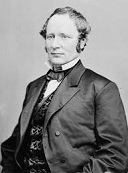











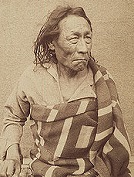
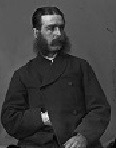












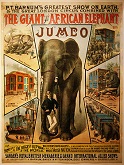




















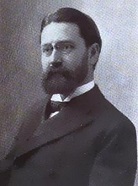




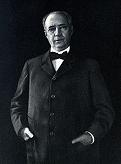



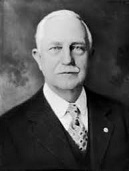
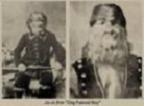
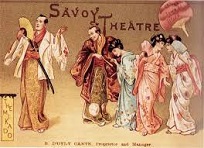





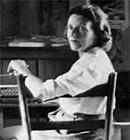


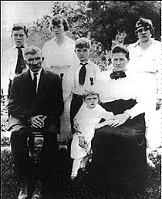
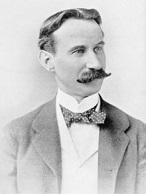
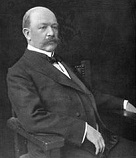


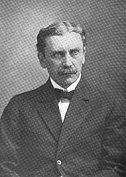
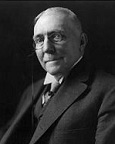


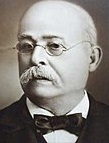

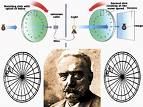

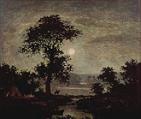





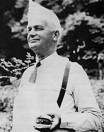
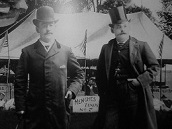
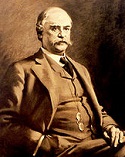
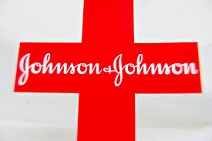
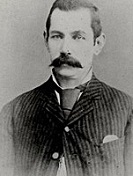
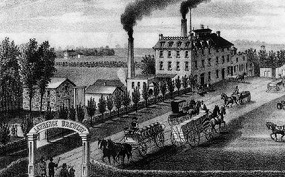
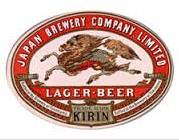
1885 In 1885-1917 almost 18M immigrants from C and SE Europe move to the U.S., settling in the larger cities and working for low wages in factories and joining labor unions, creating a big market for beer breweries; beginning this year large numbers of Japanese begin migrating to the U.S. Am. bison, once numbering 60M, have now been hunted to the point of extinction, and only 500 remain; by 1900 there are fewer than 30 left. I Have a Dream in reverse, or, Fill 'er up? The Treaty of Berlin is signed, becoming the first to use the term "spheres of influence", meaning white Euro powers claiming to own black African areas (and their people?); Germany annexes Tanganyika and lets Britain have Zanzibar in exchange for Heligoland in the North Sea, and asserts rights to German East Africa, German Southwest Africa, Cameroon, and Togoland, sending explorer Gustav Nachtigal (b. 1834) as special commissioner to annex them (he dies on the return voyage on Apr. 20); Germany relinquishes its claims to Madagascar in favor of France, and Britain pledges not to interfere, dooming its independence, freaking Queen Ranavalona III out, and causing her to send trinket-style gifts (silk clothes, ivory pin, woven basket) to U.S. Pres. Grover Cleveland next year in vain hopes of help (send the Marines for more?); Britain claims a protectorate in Nigeria and Bechuanaland S of the Molopo River, also Zanzibar and British East Africa; after they draw their lines in the sand and start playing step over the line, the West African Wars begin (end 1903); Belgium declares the Congo Free State (Belgian Congo), inhabited by Negrito peoples (Pygmies) open to trade and settlement, but personally owned by Belgian king (since 1865) Leopold II (1835-1909), who benefits from treaties made with native chiefs by U.S. correspondent Henry Morton Stanley when he navigated the Congo River in 1877, and now begins to rule it with an iron hand, murdering and multilating 10M?; borders of the Portuguese colony of Angola are fixed, permitting development of the interior; Spain receives Rio Muni on the W coast of Africa, creating Spanish Guinea (modern Equatorial Guinea); the peace terms of England with the Boers are modified to delete all references to British suzerainty. On Jan. 7 after receiving a dispensation from the Roman Catholic Church, widowed up-from-poverty govt. bureaucrat Alois Hitler (Schicklgruber) (1837-1903) marries his brown-haired blue-eyed 5'7" pregnant mistress, maid and half-niece Klara Polzl (Pölzl) (1860-1907) (3rd wife) at Braunau am Inn in Austria's Waldvertiel; four years later cute little "Adi" (Adolf) is born to them. On Feb. 21 (guess whose birthday?) the 555.5-ft. (6,666-in.) Washington Monument in Washington, D.C. (tallest structure in the city) is dedicated. Too much MSG in the Chinese food? On Jan. 26 after the Nile level falls, allowing the Mahdi's forces to bridge the moat they built by linking the Blue and White Nile, Khartoum in the Sudan, commanded by cut-off popular idol Gen. Charles George "Chinese" Gordon (b. 1833) falls, and Gordon is killed two days before his 52nd birthday, his head displayed on a pike; on Jan. 28 the flying column British relief force arrives, the news causing the Liberal Gladstone govt. in Britain to fall on June 9 after Queen Victoria says I told you so and again blames the nincompoop Gladstone for it, and the House of Commons comes within 14 votes of censuring the cabinet; in Mar. Sebehr Rahma, whose Arab skin is still intact is arrested and imprisoned in Gibraltar for side-switching, and returns to Sudan in 1899, where he settles down and writes the cool memoir Black Ivory; Or, The Story of El Zubeir Pasha, Slaver and Sultan, as Told by Himself; on June 22 El Mahdi (b. 1844) dies of typhus; on June 23 Conservative Party leader (former foreign secy.) Robert Arthur Talbot Gascoyne-Cecil, 3rd Marquess of Salisbury (1830-1903) becomes British PM (until Jan. 28, 1886), with a minority cabinet, going back to the Disraeli track of protecting British interests abroad, which wins the queen's support; the British leave Sudan to go its own way, and the Mahdi Dervishes rule for the next 13 years (until 1888); "I am a poor man of the desert, but I am the Mahdi, the expected one. On my cheek, the mole; between my teeth, the space... All Islam must know who I am and believe... The Nile will taste of blood for a hundred miles") (Laurence Olivier as the Mahdi in the 1966 film Khartoum, starring Charleton Heston as Gordon) - I guess Allah didn't pick him after all, he just had an Ahnuld complex because of his gap-toothed smile? On Feb. 3-13 the Lang Son Campaign sees the Tonkin Expeditionary Corps under Gen. Louis Briere de l'Isle brave logistical difficulties to defeat the Chinese Guangxi Army and capture the strategically-important town of Lang Son, Vietnam. On Feb. 28 the U.S. Alien Contract Labor (Foran) Law is passed, prohibiting the importation of foreigners and aliens under a contract or agreement to perform labor in the U.S. or its territories. On Feb. 28 Am. Telephone and Telegraph Co. (AT&T) is founded as a subsidiary of Am. Bell Telephone Co., with a capitalization of $100K and a charter to build and operate a long-distance network; by the end of the year it completes its first line between New York City and Philly, with a capacity of one call at a time. A Dem. wins the White House during a Repub. era? On Mar. 4 (Wed.) Caldwell, N.J.-born former asst. district atty., Buffalo mayor, sheriff (who personally hanged two men when the executioner was not available, causing him to be called "Hangman of Buffalo" ), and N.Y. gov. #18 (since Jan. 1, 1883) (who paid a substitute to fight for him during the Civil War, proving that he knows how to hire and fire employees?) Stephen Grover Cleveland (1837-1908), AKA "Uncle Jumbo", "Grover the Good", "the Beast of Buffalo" (false rumors that he's a wife-beater), "His Obstinacy", "the Veto President" (vetoes more bills than any other), "the Pretender", "the Stuffed Prophet", "the Elephantine Economist" (250 lbs. in 1892), "the Perpetual Candidate" (three successive pres. campaigns) becomes the 22nd U.S. pres. (until Mar. 4, 1889) in the 29th U.S. Pres. Inauguration in the East Portico of the U.S. Capitol in Washington, D.C., becoming the first Dem. elected since the U.S. Civil War (24 years), and the only pres. born in N.J.; he also closes the alphabet gap at the beginning after Adams and Buchanan (next available letter: D); Cleveland pulls a Pierce and gives his inaugural speech without notes, using a Bible given to him by his mother at age 15; he goes on to set a record for pres. vetoes (214?); Ohio-born Ind. U.S. Sen. (1863-9) and gov. (1873-7) Thomas Andrews Hendricks (1819-85), former leader of the Senate opposition to Lincoln's admin. becomes the 21st U.S. vice-pres., and dies on Nov. 25 ater 266 days; rich Bourbon Dem. William Collins Whitney (1841-1904) becomes U.S. Navy secy. #31 (until Mar. 4, 1889). On Mar. 9 sharpshooter Captain Bogardus quits, and in Apr. Ohio farm girl sharpshooter "Little Missie" Annie Oakley (Phoebe Ann Moses) (1860-1926) (who asked him for a job last Dec. in New Orleans, and was turned down) joins Buffalo Bill's Wild West Show, becoming America's first superstar, with a whopping $50 a week salary, appearing before 150K people this year in 40 cities; on June 6 Sitting Bull also joins, and calls the 5-ft. girl "Watanya Cicilla" ("Little Sure Shot" in Sioux), and they both stay with the show for the next 17 years; on Sept. 15 10-ft.-7-in. (3.23m) (at the shoulders) Jumbo the (Circus) Elephant (b. 1860), the largest elephant ever in captivity (purchased from the London Zoo in 1882 despite protests from Queen Victoria et al.) is killed by an express train in Canada near St. Thomas, Ont., and for the next two seasons carts bearing his skeleton and hide lead the circus parade followed by elephants holding black mourning cloths in their trunks and wiping their eyes; his name goes into the English language. Dudley Do-Right of the Mounties stinks himself up in White-Is-Right Saskatchewan? On Mar. 19 Louis David Riel (b. 1844) et al. form the French-speaking Provisional Govt. of Saskatchewan, with capital at Batoche; on Mar. 26 after the Canadian govt. rejects their French-style Seigneurial System that gives them strips bordering a river or lake in favor of 1 sq. mi. lots under the Dominion Land Survey, and sends 500 Mounties (North-West Mounted Police) to force them off their lands in favor of the Prince Albert Colonization Co., the North-West (Saskatechewan) Rebellion (Resistance) begins when military leader Gabriel Dumont (1837-1906) lead a few hundred mixed-race Metis, winning a V at the Battle of Duck Lake near Saint Laurent on Mar. 26; in Mar. Cree chief Poundmaker (Opeteca-hanawaywin) (Pitikwahanapiwiyin) (Pihotakahanapiwiyin) (1842-86) joins the rebels, looting Battleford, Sask. on Mar. 30, then defeating the Canadians in the Battle of Cut Knife (Hill) on May 2; meanwhile on Apr. 2 the Battle of Frog Lake (Frog Lake Massacre) sees Cree chief Big Bear (Mistahi-Maskwa) (1825-88) try in vain to stop his son Little Bear and Chief Wandering Spirit (Kapapamahchakwew, Papamahchakwayo, Esprit Errant) (b. 1845) from killing nine white men, then capture Fort Pitt on Apr. 15, after which the Mounties pursue Wandering Spirit for months before capturing him after a botched suicide attempt, and he is hanged in Batleford after a trial presided over by judge Charles Borromee (Borromée) Rouleau (1840-1901), who calls him "the greatest killer ever to walk on two legs in America"; on May 9-12 the Battle (Siege) of Batoche is a crushing D for the Metis, causing Riel to surrender on May 15 and Poundmaker to surrender on May 26; the Cree under Big Bear hold out until Nov. by staying on the move, after which Big Bear is put through a railroad trial and sentenced to three years at Stony Mountain Penitentiary in Manitoba, serving two years before being released due to failing health, then dying on the Poundmaker Reserve in Jan. 1888; Poundmaker serves 6 mo. of a 3-year sentence, dying shortly after release; on July 16 Rieal is arrested for treason then hung on Nov. 16 in Regina despite nationwide pleas for amnesty, making him a martyr to French Canada, hardening divisions with English Canada; on Nov. 27 the 1885 Hangings at Battleford sees eight indigenous men hanged for their role in the North-West Resistance, becoming the largest mass execution in Canadian history (until ?); the Prairie Provinces come under English-speaking control; Dumont escapes to the U.S., and is granted amnesty next July and returns to Batoche; after transporting Canadian troops to quell the rebellion, the Canadian Pacific Railroad gets more political support and completion funding. On Mar. 28 after two French brigades capture Lang Son on the Tonkin border (Upper Tonkin), then send one brigade away to relieve Tuyen-Quang, the Sun Tzu-thumping Chinese kick French butt at the Battle of Lang Son, but too late to keep the French from solidifying control of Vietnam - we're Chinese, we can wait 70 years to get even, right? In Mar. the Noble and Holy Order of the Knights of Labor strikes against the railroads owned by financier Jason "Jay" Gould (1836-92) ("I can hire one half of the worker class to kill the other half") to protest a 10% pay cut, and his financial problems actually cause him to relent and restore their pay, causing a stampede to join the Knights of Labor; by 1886 their membership shoots from 100K to over 700K. On Apr. 18 the Li-Ito Convention between Li Hongzhang of China and Prince Ito Hirobumi (1841-1909) of Japan (who started out a xenophobe then studied at Univ. College London, becoming convinced that Japan needs to adopt Western ways) eases the Sino-Japanese confrontation over Korea with an agreement to withdraw troops and notify each other before intervening again; on Apr. 26 the British occupy Port Hamilton (Komun Island) after fearing that Russia might beat them to it, and the Chinese protest, but the British take their sweet time and stay until Feb. 27, 1887; on June 9 the Treaty of Tianjin, facilitated by British customs service (in China) man Sir Robert Hart recognizes the French protectorate of Tonkin in return for a promise to respect China's S border; on Dec. 22 Prince Ito forms Japan's first Euro-style cabinet, with himself as PM #1 (until Apr. 30, 1888). On Apr. 6 Gen. Justino Rufino Barrios is KIA in a war to recreate the Central Am. Confederation, and conservative civilian Manuel Lisandro Barillas Bercian (Bercián) (1845-1907) becomes dictator-pres. of Guatemala (until Mar. 15, 1892). In May-June the Boston Symphony Orchestra presents its first annual Boston Pops Concerts, followed in July by a series of free open-air concerts on the Charles River embankment. In June the steamship Isere brings the Statue of Liberty in 214 crates (300 copper pieces) from Rouen, France to New York City, arriving on June 17; it is dedicated next year; donations from French citizens pay for it, and donations from U.S. citizens pay only for the concrete pedestal. Starting this summer Georges Seurat begins visiting the beaches of Normandy to do his pointillist thing (until 1889). On July 1 the U.S. Post Office sets the price of a first class postage stamp (1 oz.) at 2 cents. On July 4 the Mandarin (Scholar's) Revolt breaks out in Vietnam, and Emperor Ham Nghi and three empresses are kidnapped from the Purple Forbidden City by regent Ton That Thuyet (1839-1913) and taken to the jungle hills around Laos to wage guerrilla war against the French, who install his older brother Dong Khanh (1864-89) as emperor #9 (until Jan. 28, 1889), becoming widely despised; French PM Jules Ferry organizes an expedition to conquer Indochina. On July 6 Benjamin Franklin Keith (1846-1914) and Edward Franklin Albee II (1857-1930) open their first vaudeville theater, the Bijou Theatre in Boston, Mass., which shows a continuous variety show from 10:00 a.m. until 11:00 p.m., becoming a success and growing ito the Keith-Albee vaudeville theater circuit. On July 23 Prince Henry of Battenberg (1858-96) marries Queen Victoria's youngest child Princess Beatrice (1857-1944) on the Isle of Wight, and the queen promotes them both to royal highnesses, with Battenberg given British citizenship and all the cookies. In July French chemist Louis Pasteur gives 13 daily injections of his new vaccine for hydrophobia to 9-y.-o. German boy Joseph Meister (1876-1940) who was bitten 14x by a rabid dog, and recovers, making Pasteur into an even greater hero; in Nov. six children in Newark, N.J. are bitten by a rabid dog, and the physician follows Pasteur's method and cures them, adding to his fame; when cabled by the N.J. physician, Pasteur replies, "If you think there is danger, send children immediately". In July British Liberal Party leader Sir Charles Wentworth Dilke, 2nd Baronet (1843-1911), being groomed as Gladstone's replacement is ruined by a sexual scandal when Virginia Crawford (nee Smith) (1862-1948), wife of Liberal MP Donald Crawford (1837-1919), and daughter of Dilke's mistress Ellen Smith, accuses him of teaching her "French vices" and engaging in a 3-way with her and her maid way back when, all without any evidence other than her word; after a jury believes her, Donald's divorce is granted, and ruined Dilke accuses Lady Hannah Rosebery, scheming super-rich Jewish wife of up-and-coming Anglo-Saxon Lord Rosebery of paying Virginia off to get him out of his way, also without evidence. In Aug. a revolt begins in Eastern Rumelia (capital Plovdiv) against Turkish rule, causing it to be incorporated into Bulgaria in Sept., pissing Greece off and causing it to demand that Turkey give up all of the agreed-on turf in Thessaly and Epirus, but again the great Euro powers intervene, forcing Greece to disarm by blockading Greek ports; the Greeks then turn their ambitions to Macedonia and Crete in order to break out of their corner. On Sept. 12 Singh (b. 1830) dies, and Sir Partab (Pertab) Singh (1845-1922) becomes prince (maharaja) of Jammu and Kashmir (until Sept. 4, 1922). On Oct. 1 special delivery mail service begins in the U.S. On Oct. 1 Manchester, England-born George Bannerman Dealey (1859-1946) begins pub. The Dallas Morning News in Dallas, Tex., which reaches a modern-day circ. of 271K daily and 354K Sun.- the countdown to Nov. 22, 1963 begins? On Oct. 10 Hell Gate (Dutch "Helle Gate" = beautiful pass) on the East River between Long Island and Manhattan Island in New York is freed of obstructions by blasting, ending its notorious dangers to navigation. On Oct. 13 Georgia Inst. of Technology (Georgia Tech) (originally the Georgia School of Technology) in Atlanta, Ga. is founded, offering a degree in mechanical engineering, going on to expand to other disciplines and host the athletes' village in the 1996 Summer Olympics. In Oct. Yuan Shikai (1859-1916) becomes resident Chinese dir.-gen. in Korea for diplomatic and commercial relations, working to strengthen China's grip and weaken Japan's for the next decade; meanwhile it's not working out the way he wants as Queen Min grows stronger, corrupting the Korean state, taxing the peasants, and increasing Japanese economic control. In Oct. De Nieuwe Gids (The New Guide) begins pub. in Holland, marking the birth of the Eightiers lit. movement, with a Dutch nat. art-for-art's-sake goal, led by poets Karel Joan Lodewijk van Deyssel (1864-1952), Frederik Willem van Eeden (1860-1932), Willem Kloos (1859-1938), and Albert Verwey (1865-1937); Kloos' poems revolutionize Dutch lit. diction; Socialist writers, incl. Carel Steven Adama Scheltema (1877-1924) and Henriette Roland Holst Van der Schalk (1869-1952) become their opponents, writing art for the many rather than the few. On Nov. 7 the Canadian Pacific Railway (CPR) (begun 1881) is finished after 4.5 years, linking the E and W seaboards of Canada; the first Pacific Express ends its run at Port Moody in the W terminus on July 4, 1886. On Nov. 25 Spanish king (since Dec. 29, 1874) Alfonso XII (b. 1857) dies, and his wife Queen Maria Christina Henriette Desideria Felicitas Raineria of Austria (1858-1929) becomes regent (until 1902) for his posth. son (born next May 17) Alfonso XIII (the African) (1886-1941), not taking an active part; before he dies the Catalan Memorial (Memorial de Greuges) is sent to Alfonso XII by the Catalan Center, begging for a separate you know what; too bad he doesn't last the year? On Nov. 25 2,564 sq. mi. Banff Nat. Park (originally Banff Hot Springs Reserve, then Rocky Mountains Park) is founded in Alberta, Canada in the Rocky Mts. approx. 100 mi. W of Calgary, becoming Canada's first nat. park, featuring Icefields Parkway, Lake Louise, Moraine Lake, and Valley of the Ten Peaks; in 1890-1920 the Stoney (Assiniboine) tribe is removed to make way for wealthy white sportsmen and tourists. In Nov. the Third Anglo-Burmese War begins after the British declare Burmese king (since 1878) Thibaw Min a tyrant, and send 11K men in a fleet of flat-bottomed boats under British Lt. Gen. Sir Harry North Dalrymple Prendergast (1834-1913) to invade Upper Burma, occupying Mandaly on Nov. 29 Mandalay, and exiling the royal family, ending the Konbaung Dynasty; next Jan. 1 Burma is annexed as a province of British India, with Mandalay as capital of Upper Burma; the British go on to pump up the Burmese infrastructure, increasing Burmese rice output 10x by 1930. On Dec. 1 23-ingredient Dr. Pepper brand soft drink, invented by Brooklyn, N.Y.-born pharmacist Charles Courtice Alderton (1857-1941) is first served at Morrison's Old Corner Drug Store in Waco, Tex., named after his friend Dr. Charles Pepper; customers ask the soda jerk to "shoot a Waco"; in 1891 he and Robert S. Lazenby of the Circle A Ginger Ale Co. in Waco form the Artesian Mfg. and Bottling Co. to mass-produce it, becoming a hit at the 1904 St. Louis World's Fair - which makes the drink wacky or way cool? On Dec. 8 Pres. Cleveland delivers his long-winded 1885 (First) Annual Message to Congress, slamming the Mormon practice of polygamy, with the soundbyte: "The strength, the perpetuity, and the destiny of the nation rest upon our homes, established by the law of God, guarded by parental care, regulated by parental authority, and sanctified by parental love. These are not the homes of polygamy... There is no feature of this practice or the system which sanctions it which is not opposed to all that is of value in our institutions. There should be no relaxation in the firm but just execution of the law now in operation, and I should be glad to approve such further discreet legislation as will rid the country of this blot upon its fair fame. Since the people upholding polygamy in our Territories are reenforced by immigration from other lands, I recommend that a law be passed to prevent the importation of Mormons into the country." On Dec. 11 Britain signs a treaty with Johore in Malaysia. On Dec. 28-31 the First Indian Nat. Congress in Bombay is attended by 72 delegates representing each province of India, incl. 54 Hindus, 2 Muslims, Jains, and Parsis, going on to go from moderate to radical by 1905, backing independence. The First Ethiopian War with Italy and Britain begins (ends 1896) when the Italians, helped by the British establish a base on Ethiopia's Red Sea coastline at Massawa (Mitsiwa) - what do you think we are, Indians? The Redistribution Act triples the electorate in Britain, granting the vote to agricultural laborers. After anti-gay hysteria in London, the Labouchere Amendment (Section 11 of the Criminal Law Amendment Act of 1885) is passed, sponsored by Liberal MP Henry Du Pre Labouchere (Du Pré Labouchère) (1831-1912) outlawing all sexual activity between men under the euphemism "gross indecency", ending draconian punishments to make successful prosecutions more likely; it is later used to prosecute Oscar Wilde (2 years hard labor) and Alan Turing (chemical castration); lesbianism is not addressed. Bismarck brutally expels Poles and Jews from Prussia. Aga Khan III (1875-1957) succeeds his father as imam #48 of the Indian Shiite Ismaili sect of Islam (until 1957), becoming the first to receive a Euro education at Eton and Cambridge U., growing up to become a thoroughbred horse owner. Russian troops, taking advantage of the vacuum of British power there, occupy Penideh in Afghanistan, opening the road to Herat; the British, fearing Russian occupation of Afghanistan almost go to war, but end the crisis by arbitration, although they discover that almost all of the powers of Europe would have opposed their passage through the Dardanelles in the event of war. A cabinet modeled after Germany's is organized in Japan. Abdul Rahman Khan of Afghanistan orders court official Mawlawi Ahmadjan Khan to compile two handbooks for judges and provincial governors, and makes the chief judge a state employee under close supervision. The Orthodox Church of Romania is established. French Capt. ? Brouet discovers the source of the 2.6K-mi. Niger River of W Africa as the Tembi River, which is joined by the Mayel-Balevel River about 300 mi. above Timbuktu. After changing back and forth with Wheeling several times, Charleston becomes the permanent capital of W. Va. Mt. Rushmore is named after New York City atty. Charles E. Rushmore when he travels to the Black Hills of S.D. to check titles for a mining co., and local prospector William W. Challis decides to name it after him because he asked? Germany annexes the Marshall Islands and attempts to gain an empire in Micronesia. Barbados becomes a British crown colony. Irish immigrant Marcus Daly (1841-1900) (who arrived in Butte, Mont. in 1876) purchases the Anaconda Silver Mine for $30K, striking out laterally from its central core to discover the world's richest deposit of copper. The Cape Railroad reaches Kimberley. The first English electrical tram begins operation in Blackpool. Textile mill town Pawtucket, R.I. is incorporated as a city. The Mormons split into officially legit. monogamous and renegade polygamous sections in reaction to the congressional ban on doing what they do in order to found a heavenly dynasty of angels like their wick-dipping prophet told them, and the polygamous ones head for Mexico, where they settle near the Sierra Madre Mts. in N Mexico near the U.S. border, after which most evacuate back to the U.S. during the summer of 1912 during the 1910 Mexican Rev. Bavarian-born Temple Sinai of Chicago rabbi Kaufmann Kohler (1843-1926), rabbi Isaac Mayer Wise (1819-1900) et al. hold a rabbinical conference in Pittsburgh, Penn., and formulate the "Pittsburgh Platform" for Reformed Judaism, growing to 900+ congregations and 1.5M members by the 21st cent.; Kohler emigrated to the U.S. after his Ph.D. thesis on higher Biblical criticism caused him to be closed out of a German Jewish pulpit - hi Adam I'm Eve? Railroad builder Leland Stanford Jr. founds Stanford U. in Calif. with an endowment of over $20M plus land for a campus. Plant wizard Luther Burbank moves to a farm in Sebastopol, Calif. After becoming skeptical of reports of oil in Okla., John D. Rockefeller's partner John Dustin Archbold (1848-1916) sells out at a loss, with the immortal soundbyte"I'll drink every gallon produced west of the Mississippi"; next year he becomes a trustee of Syracuse U., later donating funds for Archbold Stadium, Carrier Dome, Sims Hall, Archbold Gymnasium, and their oval athletic field. The Pasteur Inst. (Institut Pasteur) to treat rabies (hydrophobia) is founded in Paris. The Am. Economic Assoc. (AEA) is founded in Nashville, Tenn. by Progressive movement leader Richard Theodore Ely (1854-1943), Edwin Robert Anderson Seligman (1861-1939) (proponent of the progressive income tax) et al., going on to found the Am. Economic Review in 1911. The Gridiron Club is founded in Washington, D.C., holding annual spring dinners where the U.S. pres. is a guest of honor along with other powerful figures, and the U.S. Marine Band plays while frank off-the-record remarks are made, becoming Washington D.C.'s oldest and most prestigious journalist org. by modern times. Bryn Mawr (Gael. "high hill") College for women is founded in Bryn Mawr (4 mi. W of Philly), Penn. by the Quakers, with Martha Carey Thomas (1857-1935) as dean, becoming pres. in 1894-1922, becoming part of the Tri-College Consortium with Swarthmore College and Haverford College; in 1912 it becomes the first U.S. college to grant doctorates in social work; in 1931 the graduate school goes coed; alumni incl. Katharine Hepburn and Edith Hamilton. Sir Ernest Alfred Thomas Wallis Budge (1857-1934) becomes asst. keeper of Egyptian and Assyrian antiquities at the British Museum, working his way up to keeper in 1894, and never budging (until 1924) - tired of paying too much for eyeglasses? Johns Hopkins U. grad. student Woodrow Wilson (b. 1856) marries Savannah, Ga.-born first wife Ellen Louise Axson (1860-1914); they have no sons and 3 daughters. The Tennessee Walking Horse (Walker) breed is created in the U.S., becoming the only breed naturally capable of overstriding. Tin Pan Alley is created when a bunch of music publishers move to the same district of Manhattan in New York City on West 28th St. between Broadway (5th Ave.) and 6th Ave. and set up shop, churning out sheet music, their cheap player pianos allegedly sounding like you know whats; after the rise of the phonograph and radio it begins a steep decline by the 1930s. The Cook Family Singers of Fort Lauderdale, Fla. incl. David J. Cook, his wife Martha, and three of their six children begin singing old time and gospel music, pioneering the sound later adopted by the Carter Family after Maybelle Carter hears them at the 1933 Chicago World's Fair and asks them to go on the road with them, after which Roy Acuff hears them and asks them to appear on the Grand Ole Opry; the 2nd generation incl. the children led by Lamaar Cook and two of his children; the final generation incl. June "Mama" Cook (-1997) and David L. "Little David" Cook; too bad, June's drunken hubby Donnell Cook (-2001) beats them, causing lifelong mental problems. TB-suffering Am. physician Edward Livingston Trudeau (1848-1915) founds the Trudeau Sanatorium (Andirondack Cottage Sanitarium until 1915) in Saranac Lake, N.Y., becoming a model for promoting the value of fresh air, exercise, and healthy diet; in 1904 he becomes pres. #1 of the Nat. Assoc. for the Study and Prevention of Tuberculosis - make yourself comfortable, cough? Russian-born hypertrichosis sufferer Jo-Jo the Dog-Faced Boy (real name Fyodor Yevtishchev) (Fedor Jeftichew) (1868-1904) is exhibited in the U.S. by guess who P.T. Barnum, who portrays him as a wild man and makes him bark and growl for the audience, even though he could actually speak three languages. About this time the Pictorialism Movement in photography begins to become popular, manipulating photos to make them seem like paintings or engravings with an emotional component; after beginning to decline in popularity about 1920, it holds on until the end of WWII, giving way to Modernism. English actor Johnston Forbes-Robertson (1853-1937) makes his New York City debut as Orlando in Shakespeare's "As You Like It", going on to become one of the greatest Hamlets of all time. Daniel Frohman (1851-1940), brother of Charles Frohman (1856-1915) becomes mgr. of the Lyceum Theater in New York City, organizing a stock co. which incl. stage mgr. David Belasco (1853-1931), and actors Henrietta Crosman, William Faversham, James K. Hackett, and Henry Miller; the brothers then form the Theatrical Trust, later drawing criticism of Jewish control of the U.S. theater biz. Claude Debussy (1862-1918) succeeds Victor Marie Hugo as grandmaster of the Priory of Sion (until 1918) :). The Detroit Inst. of Arts in Mich. is founded. Oxford Dramatic Society in England is founded by the archbishop of Canterbury et al. After being inspired by Joseph Lister, Johnson & Johnson Co. is founded in New Brunswick, N.J. by brothers Robert Wood Johnson Sr. (1845-1910), James Wood Johnson (1856-1932), and Edward Mead Johnson (1852-1934) to manufacture ready-to-use surgical dressings, going on to grow to $65B yearly sales by 2011, with products incl. Band-Aids bandages, Tylenol painkiller, Johnson's Baby Oil, Neutragena skin conditioner, Clean & Clear facial wash, and Acuvue contact lenses. After selling his Spring Valley Brewery (founded in 1869 in Yamate, Yokohama, Japan), Kirin Brewey (originally Japan Brewery Co.), Japan's first brewery is founded in Yokohama, Japan by Norwegian-Am. brewer William Copeland (Johan Martinius Thoresen) (1834-1902) backed by an English stock co., introducing Kirin Lager Beer in 1888, using malted grains and hops imported from Germany along with German brewers; in Feb. 1907 the Kirin Brewery Co. is founded; in 2010 23.4% of its sales are made overseas; in 2011 it acquires Schincariol of Brazil, changing its name to Brasil Kirin; in 2014 it revives the Spring Valley brand. After it tries to get around the laws by changing his co. name to Lawrence Chemical Works, and selling his beer in pharmacies under the name "Walruff's Stomach Invigorator", the John Walruff Brewing Co. in Lawrence, Kan. (cap. 2K barrels/year), owned by Cologne, Germany immigrant John Walruff is shut down by the Kan. state govt. for violating its 1881 prohibition law; in 1886 he wins an appeal in the lower courts, and Kan. appeals to the U.S. Supreme Court, which in 1887 rules that Kan. was not depriving Walruff of his property without due process, but merely abating a nuisance and preventing injurious use of that property; prohibition is listed in Kan. in 1948, it takes until 1987 to legalize sale by the drink, and in 2010 25% of Kan. counties are dry, with most towns prohibiting liquor sales on Sun. William J. Uihlein of Schlitz Brewing Co. brings back the first pure yeast culture apparatus from Denmark, allowing one yeast cell to be multiplied under sterile conditions. Ybor City NE of Tampa, Fla. is founded by Spanish-born cigar manufacturer Vicente Martinez Ybor (1818-96), who moves his cigar factory from Key West, Fla. and attracts workers from Cuba and SW Sicily, becoming known as "Cigar City" (cigar capital of the U.S.), peaking by 1900 (pop. 16K), becoming known as "Florida's Latin Quarter", then starting a downhill slide in the 1930s when the Great Depression and mechanization begins cutting employment, reducing the pop. to nil by the late 1970s; in the late 1990s part of it is revived as a night club and entertainment district; in 2018 mysterious tunnels are discovered, and speculated to be part of a network that transported Chinese hos from Cuba in the early 1900s. Architecture: The 3-story 22-room Victorian-style Sagamore Hill House is built for Theodore Roosevelt in Oyster Bay, N.Y., becoming his summer White House in 1901-9. Inventions: On July 4 former slave Sarah E. Goode (1850-) patents the hideaway bed, which doubles as a desk or shelf, becoming the first African-Am. woman to receive a U.S. patent - is she related to Johnny B. Goode? The first electric street railway in the U.S. opens in Baltimore, Md. Frank Ball begins manufacturing Mason jars after the patent expires. Alexander Graham Bell experiments with his phonographic equipment, leaving the oldest known recording of his voice. The all-American Hamburger is invented by 15-y.-o. Charles "Hamburger Charlie" Nagreen (1870-1951), who sells them from a food stand at the county fair in Seymour, Wisc. after seeing his meatballs sell slow then flattening them and serving them on sliced bread, naming them after Hamburg, Germany; either that, or it is invented by brothers Frank and Charles Menches of Akron, Ohio, who run out of pork sausage for their sandwich concession at the Buffalo Fair in Hamburg, N.Y. and substitute ground beef; either that, or on July 4, 1891 Oscar Weber Bilby of Tulsa, Okla. becomes the first to serve a hamburger on a bun; either that, or in this decade Fletcher Davis (1864-1941) of Athens, Tex. invents the hamburger, setting up Uncle Dave's Hamburger Stand at the 1904 St. Louis World's Fair; either that, or in 1895 Danish immigrant Louis Lassen sells the first hamburger and steak sandwich from his small Louis' Lunch lunch wagon in New Haven, Conn.; it is never served with ketchup - just what 75M Americans with full dinner pails need to clog their veins? German engineer Karl Friedrich Benz (1844-1929) invents the modern automobile (a 3-wheeled carriage with an internal-combustion engine), which he patents on Jan. 29, 1886, and drives through the streets of Munich; meanwhile fellow German Gottlieb Wilhelm Daimler (1834-1900) patents an internal-combustion engine, which is initially used to power a motorcycle, causing the two Master Race Volk to share the credit for the first working automobile; the Benz has electric ignition, a water-cooled engine, and a carburetor, and despite a top speed of 8 mph he runs the vehicle into a brick wall, becoming the world's first automobile accident. George Eastman (1854-1932) manufactures coated photographic paper. Galileo Ferraris (1847-97) of Turin, Italy invents the Polyphase Electric Motor. Paul Julius Gottlieb Nipkow (1860-1940) of Germany patents the rotating Nipkow Disk, a system for a crude television (transmitting pictures by wire), later (1925) adapted by John Logie Baird for TV. Francois Eugene Turpin (1848-1927) of Colombes, France patents Melinite, pressed-cast picric acid (a derivative of phenol) with gun cotton, which is used extensively in WWI; in 1887 Britain steals it and calls it Lyddite, and Japan follows suit with Schimose. Karl (Carl) Auer von Welsbach (1858-1929) of Germany invents the Auerlicht incandescent gas mantle, consisting of guncotton impregnated with Actinophor (60% magnesium oxide, 20% lanthanum oxide, and 20% yttrium oxide), which gives off a bright green light when heated; in 1890 he tries 99% thorium dioxide and 1% cerium IV oxide, which gives off whiter light, and becomes a pre-Edison hit. A process of using natural gas and hot air becomes the most popular method of roasting coffee. Science: The first noctilucent clouds, caused by ice in the upper atmosphere that catch sunlight after the Sun goes down are observed by an amateur astronomer. German organic chemist Adolf von Baeyer (1835-1917) of the U. of Munich pub. the notion of Steric Strain, which destablizes small-ring organic compounds, and has more pronounced effects the larger the rings become. Swiss girls' h.s. teacher Johann Jakob Balmer (1825-98) pub. a mathematical relation between the spectral frequencies of atomic hydrogen lines in the visible spectrum, showing them converging to a limit which is later called the Balmer Series. Self-educated Vt. farmer Wilson Bentley (1865-1931), "the Snowflake Man" becomes the first to take a closeup photo of an individual snowflake crystal, proving that each one is different; he sells some of his photos to a jeweler to use for design patterns; he also measures raindrops and proves that different kinds of storms produce different sizes. German chemist Julius Wilhelm Theodor Curtius (1857-1928) discovers the Curtius Rearrangement, the thermal decomposition of an acyl azide to an isocyanate with the loss of nitrogen, going on to produce azoimide from organic sources. German bacteriologist Theodor Escherich (1857-1911) discovers the Escherichia coli (E. coli) bacterium - if his name were easier to pronounce, they wouldn't have to abbreviate it? Sir Francis Galton proves the uniqueness of fingerprints. Supernova 1885 (S Andromedae) is discovered on Aug. 20 by German astronomer Carl Ernst Albrecht Hartwig (1851-1923) in the Andromeda Galaxy (M31) (in the N Hemisphere S of Cassiopeia and W of Perseus), going magnitude 9 to 6 in less than 1 mo., then fading to magnitude 16 in Feb. 1890, becoming the first known supernova beyond the Milky Way Galaxy. The rare earth metal element Neodymium (#60) (Nd) (which gives off pink light) is discovered by Karl Auer von Welsbach (1858-1929) of Germany. Nonfiction: Elizabeth Carey Agassiz (1822-1907), Life of Louis Agassiz (2 vols.); her late hubby (1807-73). Pierre Berthelot (1827-1907), Les Origines de l'Alchimie. Augustine Birrell (1850-1933), Obiter Dicta; 2nd series pub. in 1887; lit. criticism of Browning, Carlyle et al.; makes him a celeb for his witty style; "An obiter dictum, in the language of the law, is a gratuitous opinion, an individual impertinence, which, whether it be wise or foolish, right or wrong, bindeth none - not even the lips that utter it"; "Little men sometimes, though not perhaps so often as is taken for granted, complain of their destiny, and think they have been hardly treated, in that they have been allowed to remain so undeniably small; but great men, with hardly an exception, nauseate their greatness, for not being of the particular sort they most fancy. The poet Gray was passionately fond... of military history; but he took no Quebec. General Wolfe took Quebec, and whilst he was taking it, recorded the fact that he would sooner have written Gray's 'Elegy'." Louis Auguste Blanqui (1805-81), Critique Sociale (posth.). Wilfrid Scawen Blunt (1840-1922), Ideas about India. Franz Boas (1858-1942), Baffin's Land; his scientific exploration of 1883-4. Paul Bourget (1852-1935), Nouveaux Essais. Daniel Garrison Brinton (1837-99), The Lenape and Their Legends: With the Complete Text and Symbols of the Walam Olum. Oscar Browning (1837-1923), Modern France, 1814-1879. Edward Caird (1835-1908), Evolution of Religion, Social Philosophy and Religion of Comte. Charles Chiniquy (1809-99), Fifty Years in the Church of Rome; an anti-Catholic (anti-clerical) bestseller by an ex-priest who tells all; "The marvelous power of the Gospel to raise a man above himself and give him a supernatural strength and wisdom in the presence of the most formidable difficulties has seldom been more gloriously manifested than on the 3rd of August, 1858, on the hill of St. Anne, Illinois... By the strength of their faith they had pulverized the gigantic power of Rome, put to flight the haughty representative of the Pope, and had raised the banners of Christian liberty on the very spot marked by the bishop as the future citadel of the empire of Popery in the United States." Antonio Garcia Cubas, Atlas Pintoresco e Historico de los Estados Unidos Mexicanos (Picturesque Historical Atlas of the United States of Mexico) (Mexico City). Elizabeth Bacon Custer (1842-1933), Boots and Saddles; glorifies her late hubby Gen. George Armstrong Custer (1840-76). Albert Venn Dicey (1835-1922), An Introduction to the Study of the Law of the Constitution; British freedom equals impartial courts enforcing the laws of sovereign Parliament and the common law; becomes part of the uncodified British constitution. Hermann Ebbinghaus (1850-1909), Uber das Gedachtnis (Über das Gedächtnis) (On Memory), based on self-experimentation, first describing the Learning Curve, Forgetting Curve, and Spacing Effect. Richard T. Ely (1854-1943), Recent American Socialism. Warren Felt Evans (1817-89), The Primitive Mind Cure. Ulysses S. Grant (1822-85), Personal Memoirs (2 vols.); completed shortly before his death, and pub. by Mark Twain (1835-1910), they bring the about-to-be-widows Grant family $450K in royalties. Oliver Wendell Holmes Sr. (1809-94), Ralph Waldo Emerson. Arsene Houssaye (1815-96), Confessions (1885-91) (autobio.). Thomas Patrick Hughes, A Dictionary of Islam: Being a Cyclopaedia of the Doctrines, Rites, Ceremonies, and Customs, Together with the Technical and Theological Terms, of the Muhammadan Religion. James Prescott Joule (1818-89), Scientific Papers (2 vols.) (1885, 1887). James Laurence Laughlin (1850-1933), Study of Political Economy. Emily Lawless (1845-1913), Ireland: A Study. Henry Maine, Popular Government. James Martineau (1805-1900), Types of Ethical Theory. Karl Marx (1818-83) and Friedrich Engels (1820-95), Das Kapital, Vol. 2: The Process of Circulation of Capital (posth.). James Mooney (1861-1921), Linguistic Families of Indian Tribes North of Mexico, with Provisional List of Principal Tribal Names and Synonyms; founds the study of Native Am. ethnography. Francis Parkman (1823-93), Historic Handbook of the Northern Tour. David Dixon Porter (1813-91), Incidents and Anecdotes of the Civil War. Ernest Renan (1823-92), Lectures on the Influence of the Institutions, Thought and Culture of Rome on Christianity and the Development of the Catholic Church. Edgard Saltus (1855-1921), The Philosophy of Disenchantment. Henry Sidgwick (1838-1900), The Scope and Method of Economic Science. Albert Sorel (1842-1906), Europe and the French Revolution (? vols.) (1885-1904). Sir Leslie Stephen (1832-1904) (ed.), The Dictionary of National Biography (Jan. 1) (63 vols.) (1885-1900). William Graham Sumner (1840-1910), Protectionism: The Ism Which Teaches That Waste Makes Wealth; Collected Essays in Political and Social Science. Joseph Thomson (1858-95), Through Masai Land (Jan.) (bestseller); describes snow-capped mountains on the equator and how he had terrified hostile Maasai warriors by removing his false teeth, making a fan of H. Rider Haggard, who uses it to write his bestselling novel "King Solomon's Mines" (1885). Leo Tolstoy (1828-1910), My Religion (What I Believe); launches the Tolstoyan Movement. which renounces material wealth; his asst. Vladimir Chertkhov helps him fight his wife, who freaks at Tolstoy's plan to leave all his wealth to charity. Mark Twain (1835-1910), The Private History of a Campaign That Failed; the futility of war. David Ames Wells (1828-98), Practical Economics. Woodrow Wilson (1856-1924), Congressional Government: A Study in American Politics (first book); his Ph.D. dissertation at Johns Hopkins U.; advocates a parliamentary system to get around the pesky Congress and the cumbersome system of checks and balances, with the soundbyte: "How is the schoolmaster, the nation, to know which boy needs the whipping?" Music: Emmanuel Chabrier (1841-94), Gwendoline (opera). Cesar Franck (1822-90), Symphonic Variations. Sir William Schwenck Gilbert (1836-1911) and Sir Arthur Sullivan (1842-1900), The Mikado; or, The Town of Titipu (comic operetta #9) (Savoy Theatre, West End, London) (Mar. 14) (672 perf.); the Mikado ("honorable gate"), his son Nanki-Poo, who is loved by elderly Katisha, Ko-Ko the Lord High Executioner, with a jackhammer smile on his face and his fiance Yum-Yum and wards Peep-Bo and Pitti-King, Poo-Bah, Lord High Everything Else, Lord Pish-Tush; incl. the phrase "short, sharp shock" to mean a quick severe punishment, and "Let the punishment fit the crime"; features three Geishas singing Three Little Maids From School Are We, later becoming a gay favorite; "I doubt if there is a single joke in the whole play that fits the Japanese. But all the jokes in the play fit the English." (G.K. Chesterton) Charles Gounod (1818-93), Mors et Vita (oratorio). F.W. Meacham, American Patrol. Andre Messager (1853-1929), La Fauvette du Temple (operetta); Le Beamaise (operetta). Horatio William Parker (1863-1919), King Trojan. Johann Strauss II (1825-99), The Gypsy Baron (Die Ziegeunerbaron) (operetta) (Oct. 24) (Vienna); libretto by Ignaz Schnitzer, based on Mor Jokai's "Saffi"; his 2nd most popular operetta after "Die Fledermaus"; incl. Treasure Waltz. Art: Ralph Albert Blakelock (1847-1919), Moonlight; sets a record for highest price paid for the work of a living U.S. artist. Paul Cezanne (1839-1906), Mont Sainte-Victoire (1885-7). Aime-Jules Dalou (1838-1902), Le Triomphe de Silene (sculpture) (Luxembourg Gardens). Jean-Louis Forain (1852-1931), Le Veuf. Jean-Leon Gerome (1824-1904), Great Bath at Brusa; black woman bathes white woman, oh la la? Vincent Van Gogh (1853-90), The Potato Eaters. Winslow Homer (1836-1910), Halibut Fishing (Fog Warning); A Garden in Nassau. George William Joy (1844-1925), General Chinese Gordon's Last Stand. William Quiller Orchardson (1832-1910), The Salon of Madame Recamier. Pierre-Auguste Renoir (1841-1919), Girl Braiding Her Hair; guess who?; Suzanne Valadon; finally names her? Marie Spartali Stillman (1844-1927), Love's Messenger; A Florentine Lily (1885-90). Frits Thaulow, Venezia. George Frederic Watts (1817-1904), Hope; given to the British govt. in 1897. Plays: Henry Becque (1837-99), La Parisienne. Bronson Crocker Howard (1842-1908), One of Our Girls. Arthur Wing Pinero (1855-1934), The Magistrate (farce). Poetry: Sir Edwin Arnold (1832-1904), The Song Celestial. Robert Seymour Bridges (1844-1930), Eros and Psyche. Henry Austin Dobson (1840-1921), At the Sign of the Lyre. Catulle Mendes (1841-1909), Poesies (7 vols.). James Whitcomb Riley (1849-1916), Little Orphant Annie (Nov. 15) (original title "The Elf Child") (originally "Little Orphant Allie"); based on real-life orphan Mary Alice "Allie Smith, which inspires the comic strip char. Little Orphan Annie. Robert Louis Stevenson (1850-94), A Child's Garden of Verses; uses simple words and talks about everyday happenings in a kid's life, breaking with the teaching of serious lessons; "I have a little shadow that goes in and out with me,/ And what can be the use of him is more than I can see"; "The friendly cow all red and white,/ I love with all my heart;/ She give me cream with all her might,/ To eat with apple-tart"; "The rain is falling all around,/ It falls on field and tree,/ It rains on the umbrellas here,/ And on the ships at sea." Algernon Charles Swinburne (1837-1909), Marino Faliero. Katharine Tynan (1861-1931), Louise de la Valliere. Novels: Emilia Pardo Bazan (1851-1921), La Tribuna; El Cisne de Vilamorta. Walter Besant (1836-1901), Uncle Jack. Paul Bourget (1852-1935), Cruelle Enigme. Louis Henri Boussenard (1847-1910), The Crusoes of Guyana; or, The White Tiger. Robert Williams Buchanan (1841-1901), Foxglove Manor. Sir Richard Francis Burton (1821-90) (tr.), The Arabian Nights (1885-8); incl. Ali Baba and the Forty Thieves, in which a poor forester uses the phrase "Open Sesame" to open a robber's cave and rob it, but his dumb brother Kasim later gets stuck inside when he forgets the sesame part and is killed, and the robbers sneak into Ali Baba's house in oil jars, but his slave girl Morgiana kills them with boiling oil; Leslie's declares it "unfit for publication" because of its bawdy stories; a century later (May 1985) a judge rules it obscene and orders 3K copies destroyed. Hall Caine (1853-1931), The Shadow of a Crime (first novel). Alphonse Daudet (1840-97), Tartarin sur les Alpes. Frederik Willem van Eeden (1860-1912), The Quest (1885-1906). Juliana Horatia Ewing (1841-85), The Story of a Short Life. H. Rider Haggard (1856-1925), King Solomon's Mines; first story about glamorous adventurer Allan Quatermain; Hunter Quatermain's Story. Oliver Wendell Holmes Sr. (1809-94), The Moral Antipathy. Edgar Watson Howe (1853-1937), The Mystery of the Locks. William Dean Howells (1837-1920), The Rise of Silas Lapham; Am. paint entrepreneur. W.H. Hudson (1841-1922), The Purple Land (first novel); set in Uruguay. Margaret Wolfe Hungerford (1855-97), O Tender Dolores; Mildred Trevanion; A Maiden All Forlorn and Other Stories; In Durance Vile and Other Stories; Dick's Sweetheart; Green Pastures and Grey Grief. Richard Jefferies (1848-87), After London; England goes through an apocalypse and reverts to Nature. Emily Lawless (1845-1913), A Millionaire's Cousin. Guy de Maupassant (1850-93), Monsieur Parent (short stories); Contes du Jour et de la Nuit (short stories); Bel Ami, or The History of a Scoundrel, about corrupt journalist Georges Duroy's rise to power in Paris, which goes through 37 printings in 4 mo.; English trans. pub. in 1903. George Meredith (1828-1909), Diana of the Crossways. Conrad Ferdinand Meyer (1825-98), The Judge (Die Richtenn). Kalman Mikszath (1847-1910), The Grass of Lohina. George Moore (1852-1933), A Mummer's Wife; another French naturalistic novel. Laurence Oliphant (1829-88), Masollam. Daniel Owen (1836-95), Rhys Lewis. Walter Pater (1839-94), Marius the Epicurean. Walter Herries Pollock (1850-1926) and Sir Walter Besant (1836-1901), Uncle Jack. David Dixon Porter (1813-91), The Adventures of Harry Marline; Allan Dare and Robert le Diable; Arthur Merton, a Romance. Edward Payson Roe (1838-88), An Original Belle. Matilde Serao (1856-1927), La Conquista di Roma; La Virtu di Checchina; Piccole Anime. Alfred Percy Sinnett (1840-1921), Karma: A Novel. Robert Louis Stevenson (1850-94), Prince Otto. Frank Richard Stockton (1834-1902), The Griffin and the Minor Canon. August Strindberg (1849-1912), Utopian on Reality (short stories). Mark Twain (1835-1910), Adventures of Huckleberry Finn (Feb. 18); sequel to "The Adventures of Tom Sawyer" (1876); first pub. in Britain in 1884, then banned from the public library in puritanical Concord, Mass., making it more popular; "Something that everybody wants to have read and nobody wants to read" (Twain); escaped slave "Miss Watson's Jim", Huck's father Pap, Judge Thatcher, and Widow Douglas, who adopts him; at the end Tom's okay and Huck doesn't want to be adopted; Jim is partly inspired by Twain's black friend John Lewis? Julius Zeyer (1841-1901), Ossian's Return; Czech guy likes to write about ancient Celts? Emile Zola (1840-1902), Germinal; Les Rougon-Macquart series (#13 of 20); his masterpiece?; about a coalminers' strike in N France in the 1860s, featuring miner Etienne Lantier. Births: Am. "Jonathan Edwards" historian (of New England) Ola Elizabeth Winslow (d. 1977) on Jan. 5 in Grant City, Mo.; educated at Stanford U., and U. of Chicago. Am. silent film actress ("the Vitagraph Girl") Florence Turner (d. 1946) on Jan. 6 in New York City. Australian Labor PM #14 (1941-5) John Joseph (Ambrose) Curtin (d. 1945) on Jan. 8 in Creswick, Victoria. Am. leftist activist Rev. Abraham Johannes "A.J." Muste (d. 1967) on Jan. 8 in Zierikzee, Netherlands; emigrates to the U.S. in 1891; educated at Hope College, New Brunswick Theological Seminary, NYU, and Columbia U. White Russian PM Viktor Nikolayevich Pepelyayev (d. 1920) on Jan. 8 in Tomsk, Siberia; brother of Anatoly Pepelyayev (1891-1938). Am. "Sky Bryce", "Buffalo Bill Cody" silent film actor John Hartford "Jack" Hoxie (d. 1965) (AKA Hart Hoxie) on Jan. 11 in Kingfisher Creek, Okla.; half-Indian mother; half-brother of Al Hoxie (1901-82); husband (1920-7) of Marin Sais (1890-1971); grows up in Idaho. Am. women's movement leader Alice Stokes Paul (d. 1977) on Jan. 11 in Mount Laurel, N.J; daughter of Quaker parents; educated at Swarthmore College; founder of the Nat. Woman's Party (1916). Am. Fuller Brush Co. founder Alfred Carl Fuller (d. 1973) on Jan. 13 in Welsford, Nova Scotia, Canada; emigrates to the U.S. in 1903. German Nazi col.-gen. Nikolaus von Falkenhorst (Ger. "falcon's eyrie") (d. 1968) on Jan. 17 in Breslau; real name Jastrzembski (old Silesian military family). Scottish Bloomsbury Group painter Duncan James Corrowr Grant (d. 1978) on Jan. 21 in Rothiemurchus, Aviemore; cousin-lover of Lytton Strachey (1880-1932). Japanese Gen. Seishiro Itagaki (d. 1948) on Jan. 21 in Morioka, Iwate. Italian Arctic explorer-engineer Umberto Nobile (d. 1978) on Jan. 21 in Lauro, Avellino; educated at the U. of Naples. English engine designer Sir Harry Ralph Ricardo (d. 1974) on Jan. 26 in London; only son of Halsey Ricardo (1854-1928); descendant of David Ricardo (1772-1823); educated at Rugby School, and Trinity College, Cambridge U. Am. "Ol' Man River", "Smoke Gets in Your Eyes", "The Way You Look Tonight" composer-songwriter (Jewish) Jerome David Kern (d. 1945) on Jan. 27 in New York City; German Jewish immigrant parents. Am. jazz clarinetist (black) Louis Nelson "Big Eye" Delisle (d. 1949) on Jan. 28 in New Orleans, La. Polish pres. in exile (1939-47) Wladyslaw Raczkiewicz (d. 1947) on Jan. 28 in Kutaisi, Georgia. French Radical PM (1930, 1933-4, 1937-8) Camille Chautemps (d. 1963) on Feb. 1 in Paris. Russian Bolshevik army cmdr. Mikhail Vasilyevich Frunze (d. 1925) on Feb. 2 (Jan. 21 Old Style) in Bishkek, Turkestan; Moldavian father, Russian mother. Italian "Man of Smoke" Futurist novelist-poet-journalist Aldo Palazzeschi (Giurlani) (d. 1974) on Feb. 2 in Florence. Am. "Arrowsmith", "Elmer Gantry" novelist-playwright (1st U.S. writer to win the Nobel Lit. Prize) (redhead) Harry Sinclair "Red" Lewis (d. 1951) on Feb. 7 in Sauke Centre, Minn.; educated at Oberlin College, and Yale U. German Luftwaffe Field Marshal Hugo Sperrle (d. 1953) on Feb. 7 in Ludwigsburg, Baden-Wurttemberg. Austrian "Wozzeck", "Lulu" Romantic 12-tone composer (Roman Catholic) Alban Maria Johannes Berg (d. 1935) on Feb. 9 in Vienna; student of Arnold Schoenberg. German Nazi "Der Sturmer" newpaper publisher ("Jew-Baiter Number One") Julius Streicher (d. 1946) on Feb. 12 in Fleinhausen, Bavaria; ed. of "Der Sturmer" (1923-45). U.S. Dem. First Lady (1945-53) Elizabeth Virginia "Bess" Wallace Truman (d. 1982) on Feb. 13 in Mo.; wife of Pres. Harry Truman. French "The Virtuous Scoundrel" actor-dir.-writer Alexandre Pierre Georges "Sacha" Guitry (d. 1957) on Feb. 21 in St. Petersburg, Russia. Canadian Sgt.-Maj. Frederick William Hall (d. 1915) on Feb. 21 in Kilkenny, Ireland; emigrates to Canada in 1910. Am. Adm. Chester William Nimitz (d. 1966) on Feb. 24 in Fredericksburg, Tex.; WWII cmdr. of U.S. Navy of the Pacific. Greek-Danish princess Alice of Battenberg (d. 1969) on Feb. 25 in Windsor Castle, Berkshire, England; eldest child of Prince Louis of Battenberg (1854-19211) and Princess Victoria of Hesse and by Rhine (1863-1950); great-granddaughter of Queen Victoria; wife (1903-) of Prince Andrew of Greece and Denmark (1882-1944); mother of Prince Philip, duke of Edinburgh (1921-). British "Ghost of Frankenstein" actor Lionel Atwill (d. 1946) on Mar. 1. Am. Davidians cult founder Victor Tasho Houteff (d. 1955) on Mar. 2 in Raicovo. Am. "Gullible's Travels" writer Ringgold Wilmer "Ring" Lardner (d. 1933) on Mar. 6 in Niles, Mich. Am. modern painter Milton Avery (d. 1965) on Mar. 7 in Altmar, N.Y. Russian "The Firebird" ballerina (in Britain) Tamara Platonovna Karsavina (d. 1978) on Mar. 10 in St. Petersburg; daughter of Platon Karsavin; moves to London in 1917; teacher of Alicia Markova and Margot Fonteyn. English auto racer Sir Malcolm Campbell (d. 1948) on Mar. 11 in Chislehurst, Kent; knighted in 1931. Am. "The Cowboy Millionaire" silent film actor William Stowell (d. 1919) on Mar. 13 in Boston, Mass. English actor Sydney John Chaplin (Hill) (d. 1965) on Mar. 16 in London; elder half-brother of Charlie Chaplin (1889-1977) and Wheeler Dryden (1892-1957); half-uncle of namesake Sydney Chaplain (1926-2009). Am. "Whitman: An Interpretation in Narrative" historian Rufus Emory Holloway (d. 1977) on Mar. 16 in Marshall, Mo. French actor-dir. Pierre Renoir Jr. (d. 1952) on Mar. 21 in Paris; son of Pierre-Auguste Renoir (1841-1919); brother of Jean Renoir (1894-1979). Am. "Grand Hotel" actor Wallace Beery (d. 1949) on Apr. 1 in Kansas City, Mo.; brother of actor Noah Beery (1882-1949). English celeb Clementine Ogilvy Spencer-Churchill, Baroness Spencer-Churchill (nee Hozier) (d. 1977) on Apr. 1 in Mayfair, London; daughter of Sir Henry Montague Hozier (1838-1907) and Lady Henrietta Blanche Hozier (1852-1925); wife (1908-) of Sir Winston Churchill (1874-1965). German Atlantropa architect Herman Soergel (Sörgel) (d. 1952) on Apr. 2 in Regensburg, Bavaria; educated at the Tech. U. of Munich. Am. "House on Haunted Hill" actress Leona Anderson (d. 1973) on Apr. 3. Am. "Sands of Iwo Jima" film dir.-producer-writer Joseph Aloysius "Allan" Dwan (d. 1981) on Apr. 3 in Toronto, Ont., Canada; emigrates to the U.S. at age 11. Am. "Mutt and Jeff" cartoonist Harry Conway "Bud" Fisher (d. 1954) on Apr. 3 in Chicago, Ill.; educated at the U. of Chicago. British Arabophile Harry St. John Bridger "Jack" Philby (d. 1960) (AKA Sheikh Abdullah) on Apr. 3 in St. John's, Badulla, Ceylon (Sri Lanka); educated at Trinity College, Cambridge U.; father of Kim Philby (1912-88); distant cousin of Bernard Law Montgomery. French auto racer Jules Boux (d. 1965) on Apr. 6 in Valentigney. German Capt. Walther Schwieger (d. 1917) on Apr. 7 in Berlin. German sociologist-economist Alexander Rustow (Rüstow) (d. 1963) on Apr. 8 in wiesbaden, Hesse-Nassau; educated at the U. of Erlangen; grandnephew of Wilhelm Rustow (1821-87); grandson of Casar Rustow (1826-66); father of Dankwart Rustow (1924-96). Japanese "Yomiuri Shinbun" pub. Matsutaro Shoriki (d. 1969) on Apr. 11 in Daimon, Toyama; introduces baseball to Japan in the 1930s, and heads the Japanese Atomic Energy Commission in 1956. French Orphic artist Robert Delaunay (d. 1941) on Apr. 12 in La Ronchere (near Bourges); husband (1910-) of Sonia Delaunay (1885-1979); father of Charles Delaunay (1911-88). Hungarian Marxist philosopher (Jewish) (Co-founder of Western Marxism) Baron Gyorgy (Georg) Szegedy Lukacs (Lowinger Gyorgy Bernat) (d. 1971) on Apr. 13 in Budapest; educated at the U. of Budapest, U. of Berlin, and U. of Kolozsvar. Am. "Bumblebees and Their Ways" entomologist Otto Emil Plath (d. 1940) on APr. 13 in Grabow, Germany; emigrates to the U.S. in 1900; educated at Northwestern U, U. of Wash., and Harvard U; husband of Aurelia Schober Plath (1906-94); father of Sylvia Plath (1932-63). Danish "Out of Africa" writer Baroness Isak Dinesen (Karen von Blixen-Finecke) (d. 1962) on Apr. 17 in Ringsted, Zealand. Am. "The Secret of the Ages" New Thought writer Robert Collier (d. 1950) on Apr. 19 in St. Louis, Mo.; nephew of Peter Fenelon Collier (1849-1909). German-Czech author-journalist (Jewish) Egon Erwin Kisch (d. 1948) on Apr. 29 in Prague. Soviet Bolshevik rev. leader Nikolai Vasilyevich Krylenko (d. 1938) on May 2 in Bekhteevo, Smolensk. Am. auto racer Johnny Aitken (d. 1918) on May 3 in Indianapolis, Ind. Am. "Hopalong Cassidy's sidekick Windy Halliday" actor George Francis "Gabby" Hayes (d. 1969) on May 7 in Stannards (near Wellsville), N.Y.; learns to ride a horse in his forties for his movie roles. Canadian "The Silver Chalice" novelist-journalist Thomas Bertram Costain (d. 1965) on May 8 in Brantford, Ont. English "The Lambeth Walk", "The Bells of St. Marys" lyricist-playwright Douglas Furber (d. 1961) on May 13. German composer-conductor (Jewish) Otto Klemperer (d. 1973) on May 14 in Breslau (Wroclaw); becomes U.S. citizen in 1937 and Israeli citizen in 1970; father of Werner Klemperer (1920-2000); cousin of Victor Klemperer (1881-1960). Am. plant pathologist Elvin Charles Stakman (d. 1979) on May 17; teacher of Norman Borlaug. Brazilian pres. (1945-50) marshal Enrico Gaspar Dutra (d. 1974) on May 18 in Cuiaba, Mato Grosso. Am. Merrill Lynch co-founder (1914) Edmund Calvert Lynch (d. 1938) on May 19 in Baltimore, Md.; partner of Charles Edward Merrill (1885-1956). Iraqi Hashemite king (1921-33) Faisal (Arab. "resolute") I (d. 1933) on May 20 in Mecca; not to be confused with Faisal of Saudi Arabia (1905-75). German Luftwaffe Gen. Alexander Lohr (d. 1947) on May 20 in Turnu-Severin, Romania; German father, Russian descent mother. Canadian hockey team owner John Ambrose O'Brien (d. 1968) on May 27 in Renfrew, Ont. English playwright-mgr. Ashley Dukes (d. 1959) on May 29; husband (1918-59) of Marie Rambert (1888-1982). Russian Communist Party leader (Jewish) Yakov Mikhailovich Sverdlov (d. 1919) on June 3 in Nizhny Novgorod. French Resistance leader (Jewish) Georges Mandel (Louis George Rothschild) (d. 1944) on June 5 in Chatou, Yvelines. Am. old-time country fiddler James Gideon "Gid" Tanner (d. 1960) (Skillet Lickers) on June 6 in Thomas Bridge (near Monroe), Ga. Am. cosmetics queen (black) A'Lelia Walker (Lelia McWilliams) (d. 1931) on June 6 in Vicksburg, Miss.; daughter of Madam C.J. Walker (1867-1919) and Moses McWilliams (-1887). English mathematician John Edensor Littlewood (d. 1977) on June 9 in Rochester, Kent; collaborator of Godfrey Harold Hardy (1877-1947). German modernist designer Lilly Reich (d. 1947) on June 16 in Berlin; collaborator of Ludwig Mies Van der Rohe (1886-1969). Australian Communist suffragette Adela Constantia Mary Pankhurst Walsh (d. 1961) on June 19 in Manchester, England; daughter of Emmeline Pankhurst (1858-1928); sister of Christabel Pankhurst (1880-1958) and Sylvia Pankhurst (1882-1960); emigrates to Australia in 1914. English feminist eugenicist Sybil Neville-Rolfe (nee Sybil Katherine Burney) (d. 1955) on June 22 in Greenwich, London; collaborator of Sir Francis Galton (1822-1911). German soprano Frieda Hempel (d. 1955) on June 26 in Leipzig. French Egyptologist-archeologist Jean Pierre Marie Montet (d. 1966) on June 27 in Villefranche-sur-Saone, Rhone; educated at the U. of Lyon. German naturalist-inventor Viktor Schauberger (d. 1958) on June 30 in Holzschlag, Upper Austria. German field marshal Ernst Bernhard Wilhelm Busch (d. 1945) on July 6 in Essen-Steele. German "The Principle of Hope" Marxist philosopher (Jewish) Ernst Simon Bloch (d. 1977) on July 8 in Ludwigshafen. Am. "My Friend Flicka", "The Prisoner of Zenda" novelist-screenwriter Mary O'Hara (Alsop) (d. 1980) on July 10 in Cape May Point, N.J. Bangladeshi scholar (Sunni Muslim) Muhammad Shahidullah (d. 1969) on July 10 in Peyara, WEst Bengal. Norwegian poet Herman Wildenvey (Hermann Theodor Portaas) (d. 1959) on July 20 in Mjondalen (near Drammen). Am. "The River Road" novelist Frances Parkinson Keyes (d. 1970) (rhymes with skies) on July 21 in Charlottesville, Va.; educated at Bates College; converts to Roman Catholicism. German July 20 Plot Gen. Karl Paul Immanuel von Hase (d. 1944) on July 24 in Hanover; uncle of Dietrich Bonhoeffer. Laotian king (1905-59) Sisavang Vong (d. 1959) on July 24 in Luang Prabang. French biographical novelist (Jewish) Andre Maurois (Emile Salomon Wilhelm Herzog) (d. 1967) on July 26 in Elbeuf. Am. silent film actress ("The Vamp") Theda Bara (anagram for Death Arab?) (Theodosia Burr Goodman) (d. 1955) on July 29 in Cincinnati, Ohio; maternal grandfather's last name is Baranger; wife (1921-55) of Charles Brabin (1882-1957). Austrian-Hungarian chemist (Jewish) (inventor of radioactive tracers) George Charles (Georg Karl) von Hevesy (d. 1966) on Aug. 1 in Budapest; educated at the U. of Freiberg. Am. "Show Boat", "Giant" novelist-playwright (Jewish) Edna Ferber (d. 1968) on Aug. 15 in Kalamazoo, Mich.; Hungarian-born Jewish father, Am. mother. English chemist (inventor of the octane rating for gasoline) Sir Henry Thomas Tizard (d. 1959) on Aug. 23 in Gillingham, Kent; educated at Westminster School, and Magdalen College, Oxford U. Am. Nystatin microbiologist Elizabeth Lee Hazen (d. 1975) on Aug. 24 in Rich, Miss.; educated at Columbia U. Austrian "Threepenny Opera" film dir. Georg Wilhelm Pabst (d. 1967) on Aug. 25 in Raudnitz, Bohemia. Am. vaudeville actor Charles "Chick" Sale (d. 1936) on Aug. 25 in Huron, S.D.; namesake of Soupy Sales (1926-). French "Men of Good Will" novelist-poet-playwright (founder of Unanimism) Jules Romains (Louis Henri Jean Farigoule) (d. 1972) on Aug. 26 in Saint-Julien-Chapteuil, Haute-Loire. Am. "Smith and Dale" comedian (Jewish) Charlie Dale (Charles Marks) (d. 1971) on Sept. 6 in New York City. Am. actor Otto Kruger (d. 1974) on Sept. 6 in Toledo, Ohio; grandnewphew of Paul Kruger (1825-1904). Am. "Nets to Catch the Wind", "Jennifer Lorn" poet-novelist Elinor Morton Wylie (nee Hoyt) (d. 1928) on Sept. 7 in Somerville, N.J.; granddaughter of Penn. gov. Henry Martyn Hoyt (1830-92); wife of Horace Wylie and William Rose Benet (1886-1950). Am. editor-writer Carl Clinton Van Doren (d. 1950) on Sept. 10 in Hope, Ill.; brother of poet Mark Van Doren (1894-1972). French diplomat Robert Coulondre (d. 1959) on Sept. 11 in Nimes. English "Lady Chatterly's Lover" novelist-poet David Herbert "D.H." Lawrence (d. 1930) on Sept. 11 [Virgo] in Eastwood, Nottinghamshire; born in a coal miner's family - was his daddy's name Clint? Am. "The Wizard of Oz" composer-conductor Herbert Stothart (d. 1949) on Sept. 11 in Milaukee, Wisc. U.S. Marine Corps. gen. Julian Constable Smith (d. 1975) on Sept. 11 in Elkton, Md. Italian conductor-composer Vittorio Gui (d. 1975) on Sept. 14 in Rome. Am. Neo-Freudian psychoanalyst Karen Horney (nee Danielsen) (d. 1952) (pr. like horn eye) on Sept. 16 in Hamburg, Germany; of Norwegian and Dutch descent. Am. architect Edward Buehler Delk (d. 1956) on Sept. 22 in Schoharie, N.Y.; educated at the U. of Penn., and U. of London. Austrian "Gloria Swanson's servant in Sunset Blvd" actor-dir. (Jewish) ("the Man You Love to Hate") Erich von Stroheim (Erich Oswald Stroheim) (d. 1957) on Sept. 22 in Vienna; emigrates to the U.S. in 1909. Am. "You Made Me Love You", "I'm Always Chasing Rainbows", "Irene" lyricist (dir. of ASCAP in 1921-9) Joseph McCarthy (d. 1943) on Sept. 27 in Somerville, Mass.; collaborator of Harry Tierney (1890-1965) and Fred Fisher (1875-1942); not to be confused with U.S. Sen. Joseph McCarthy (1908-57). Am. poet-critic-journalist (Jewish) (Socialist) and U.S. poet laureate #14 (1961-3) Louis Untermeyer (d. 1977) on Oct. 1 in New York City; German Jewish immigrant father; husband of (1907-26) Jean Starr, (1927-9) Virginia Moore (1903-93), (193?-45) Esther Antin (1894-1983), and (1948-) Bryna Ivens. Russian ballerina (Jewish) Ida Lvovna Rubinstein (d. 1960) on Oct. 5 in St. Petersburg. French Croix de Feu founder Francois de La Rocque (d. 1946) on Oct. 6 in Lorient, Brittany. Danish #1 physicist (Jewish) Niels Henrik David Bohr (d. 1962) on Oct. 7 in Copenhagen; Lutheran father Christian Bohr is prof. of physiology at the U. of Copenhagen; mother Ellen Adler Bohr is a rich Jew; brother Harald Bohr (1887-1951) is a mathematician; he and his brother become famous soccer players in Scandinavia; educated at Copenhagen U., and Trinity College, Cambridge U.; unites the German theoretical and English experimental schools of physics to create the quantum theory, founding a new philosophical school of importance compared to Plato - I would rather live jobless off a beach somewhere? Vietnamese emperor (1916-25) Khai Dinh (d. 1925) on Oct. 8; son of Dong Khanh (1864-89); father of Bao Dai (1913-97). Am. Jesuit priest Edmund Aloysius Walsh (d. 1956) on Oct. 10. French "The Frontenac Mystery" poet-novelist-essayist (Roman Catholic) Francois Charles Mauriac (d. 1970) on Oct. 11 in Bordeaux; educated at the U. of Bordeaux - looks like a skinny French Hitler? Am. "Dauntless Durham", "Abie the Agent" comic artist-writer (Jewish) Harry Hershfield (d. 1974) on Oct. 13 in Cedar Rapids, Iowa; European immigrant parents. Italian Olympic runner Dorando Pietri (d. 1942) on Oct. 16 in Mandrio, Correggio, Reggio Emilia; starts out by beating Italian champ Pericle Pagliani in his work clothes in 1904, then goes on to an almost undefeated career, becoming an internat. celeb at the 1908 Olympics. Austrian composer Egon Joseph Wellesz (d. 1974) on Oct. 21; student of Arnold Schoenberg. Am. tenor Giovanni Martinelli (d. 1969) on Oct. 22 in Montagnana, Italy. Am. "I'm Sitting On Top of the World", "Has Anybody Seen My Gal?" lyricist-singer (Jewish) Sam M. Lewis (d. 1959) on Oct. 25 in New York City. Am. Unitarian minister (Humanist) Charles Francis Potter (d. 1962) on Oct. 28 in Marlboro, Mass.; educated at Bucknell U., and Brown U. Am. Italophile anti-Semitic #1 modernist "The Cantos" poet ("Old Granddad") Ezra Westin Loomis Pound (d. 1972) on Oct. 30 in Hailey, Idaho; of English descent; motto: "Make it new"; husband (1914-) of Dorothy Shakespear (1886-1973); moves to Venice in Apr. 1908, then London in Aug. 1908, then to Italy in 1924, openly supporting the Fascists until they lose the war and he is arrested for treason and sent back to the U.S. in Nov. 1945, where he has a breakdown and is committed to a mental hospital before being released in Apr. 1958, returning to Italy for life - whadya think I am, a cartoon dog? Russian Bolshevik leader (Jewish) Karl Berngardovich Radek (Karol Sobelsohn) (d. 1939) on Oct. 31 in Lemberg (Lwow) (Lviv) (Austria). Am. "The Story of Civilization" historian-philosopher William James "Will" Durant (d. 1981) on Nov. 5 in North Adams, Mass.; French-Canadian Roman Catholic immigrant parents; educated at Columbia U.; husband of Ariel Durant (1898-1981). Am. economist (founder of the Chicago School of Economics) Frank Hyneman Knight (d. 1972) on Nov. 7 in McLean County, Va.; educated at Cornell U. Japanese gen. ("the Tiger of Malaya") Tomoyuki Yamashita (d. 1946) on Nov. 8 in Otoyo, Kochi; son of Dr. Osugi Mura. German mathematical physicist Theodor Franz Eduard Kaluza (d. 1954) on Nov. 9 in Oppeln (Opole), Silesia; educated at the U. of Konigsberg. U.S. White House press secy. #5 (1945-50) Charles Griffith Ross (d. 1950) on Nov. 9 in Independence, Mo.; educated at the U. of Mo. German mathematician Hermann Klaus Hugo Weyl (d. 1955) on Nov. 9. Am. slap-happy "Old Blood and Guts" Army Gen. George Smith Patton Jr. (III) (d. 1945) on Nov. 11 in San Gabriel (San Marino), Calif.; of Scottish descent; grows up hearing stories from his daddy about U.S. Confed. Gen. John Singleton Mosby (1833-1916). Am. Dem. Party boss Daniel Patrick "Dan" O'Connell (d. 1977) on Nov. 13 in Albany, N.Y. French Orphic artist (Jewish) Sonia Delaunay (nee Terk) (d. 1979) on Nov. 14 in Gradizhske, Ukraine; emigrates to France in 1905; wife (1910-) of Robert Delaunay (1885-1941); mother of Charles Delaunay (1911-88). Belgian Socialist philosopher (Nazi collaborator) Hendrik (Henri) de Man (d. 1953) on Nov. 17 in Antwerp; uncle of Paul de Man (1919-83). Am. basketball coach (U. of Kan., 1907-9, 1919-56) ("Father of Basketball Coaching") Forrest Clare "Phog" Allen (d. 1974) on Nov. 18 in Jamesport, Mo. Am. artist Chiura Obata (d. 1975) on Nov. 18 in Sendai, Okayama Prefecture; emigrates to the U.S. in 1903; father of Gyo Obata (1923-). Am. Nuremberg Trials judge John Johnston Parker (d. 1958) on Nov. 20 in Monroe, N.C.; educated at the U. of N.C. Am. Communist journalist-activist Anna Louise Strong (d. 1970) on Nov. 24 in Friend, Neb.; educated at Bryn Mawr College, Oberlin College, and the U. of Chicago. German Weimar Repub. chancellor (1930-2) (longest continually-serving) Heinrich Bruning (Bruening) (Brüning) (d. 1970) on Nov. 26 in Munster, Westphalia; educated at the U. of Strasbourg, London School of Economics, and U. of Bonn; student of Friedrich Meinecke (1862-1954). Am. "The Cat and the Canary" playwright John Willard (d. 1942) on Nov. 28 in San Francisco, Calif. English "Astral Projection" occultist writer Oliver Fox (Hugh George Callaway) (d. 1949) on Nov. 30. German field marshal "Smiling Albert" (Albrecht von) Kesselring (d. 1960) on Nov. 30 in Marksteft, Bavaria; CIC of the Mediterranean Theater and the Western Front in WWII; not to be confused with Am. playwright Joseph Kesselring (1902-67). Am. physician George Richards Minot (d. 1950) on Dec. 2 in Boston, Mass.; educated at Harvard U.; co-discoverer (1926) of the liver treatment for pernicious anemia. Am. chess player-engineer Edward Lasker (d. 1981) on Dec. 3 in Kempen, Posen, Prussia (Poland); emigrates to the U.S. in 1914; inventor of the chest pump, causing him to be known as the chest player; not to be confused with chess champ Emanuel Lasker (1868-1941). Am. Communist journalist Louise Bryant (Anna Louisa Mohan) (d. 1936) on Dec. 5 in San Francisco, Calif.; Penn. coal miner father; educated at the U. of Nev., and U. of Ore.; wife (1917-20) of John Reed (1887-1920). Am. "Chronicles of Arundel", "Rabble in Arms", "Northwest Passage" historical novelist Kenneth Lewis Roberts (d. 1957) on Dec. 8 in Kennebunk, Maine; educated at Cornell U. Am. "West End Blues", "Weather Bird" jazz cornetist-bandleader (black) Joseph Nathan "King" Oliver (d. 1938) on Dec. 19 in Aben, La.; teacher of Louis Armstrong. Canadian 5'11" ice hockey player-coach-mgr. Francis Alexis "Frank" Patrick (d. 1960) on Dec. 21 in Ottawa, Ont.; brother of Lester Patrick (1883-1960); educated at McGill U. Am. composer-critic Joseph Deems Taylor (d. 1966) on Dec. 22 in New York City; educated at NYU. Am. "Centaur and Dryad" sculptor Paul Howard Manship (d. 1966) on Dec. 24 in St. Paul, Minn.; pupil of Solon Hannibal Borglum. Am. silent film actor John Bowers (John E. Bowersox) (d. 1936) on Dec. 25 in Garrett, Ind. Russian "Tatlin's Tower" artist ("Father of Constructivism") Vladimir Yevgrafovich Tatlin (d. 1953) on Dec. 28 (Dec. 16 Old Style) in Kharkiv, Ukraine. Russian "The Brothers Karamazov" film dir.-writer-actor Dimitri Buchowetzki (Dmitry Savelyevych Bukhovecky) (d. 1932). Greek PM #131 (1941) Alexandros Koryzis (d. 1941) in Poros. Chinese collaborationist official Yin Ju-keng (d. 1947) in Pingyang County, Zhejiang Province; born to a wealthy family, who sends him to Japan to study Japanese. Am. Johnson Smith Co. founder Alfred Johnson Smith (d. 1948) in Halifax, Yorkshire, England; emigrates to Australia in 1887, and the U.S. in 1914. Am. bowling champ (1906-21) Jimmy Smith (Mellilo) (d. 1948) in Brooklyn, N.Y. Am. cartoonist H.T. Webster (d. 1952) in Parkersburg, W. Va.; creator of the character Caspar Milquetoast, namesake of the term "milquetoast". Am. photographer Morris Rosenfeld (d. 1968) in Austria; not to be confused with poet Morris Rosenfeld (1862-1923). Israeli "Bread Givers" novelist Anzia Yezierska (d. 1970). Am. astronomer Harlow Shapley (d. 1972) in Nashville, Mo.; educated at Princeton U. Am. Chase Manhattan Bank pres. (1934-53) Winthrop Williams Aldrich (d. 1974) in R.I.; son of Nelson Aldrich (1841-1915); educated at Harvard U. Am. "The Power of Non-Violence" social philosopher Richard Bartlett Gregg (d. 1974); educated at Harvard U. Am. "BusinessWeek" founder (1929-) and "Newsweek" ed. (1937-59) Malcolm Muir (d. 1979). Deaths: Italian-born British Jewish financier-philanthropist Sir Moses Montefiore (b. 1784) on July 28. Am. politician-journalist William Edward Woodruff (b. 1795) on June 19 in Little Rock, Ark.; namesake of Woodruff County, Ark. Am. writer Eber Dudley Howe (b. 1798) on Nov. 10 in Painesville, Ohio. English store owner Charles Henry Harrod (b. 1799) on Mar. 31 in Chiswick - his store is in good hands? Welsh writer Samuel Roberts (b. 1800). Belgian statesman Charles Rogier (b. 1800) on May 27. British Zionist social reformer Anthony Ashley Cooper, 7th earl of Shaftesbury (b. 1801) on Oct. 1. French Romantic "Les Miserables" poet-playwright-novelist Victor Marie Hugo on May 23 at Hauteville House in Guernsey Island; his body lies in state beneath the Arc de Triomphe, and he is buried in the Pantheon. Am. writer James Rees (b. 1802). English-born Canadian author Susanna Moodie (b. 1803). Am. mathematician Elizur Wright (b. 1804) on Nov. 22. Serbian prince (1842-58) Aleksandar Karadordevic (b. 1806) on May 3 in Timisoara. French painter Eugene-Emmanuel Amaury-Duval (b. 1808). German painter-poet Karl Spitzweg (b. 1808) on Sept. 23. German pathologist Jakob Henle (b. 1809) on May 13 in Gottingen. Am. businessman William Huntington Russell (b. 1809) on May 19 in New Haven, Conn. (ruptured blood vessel after shooing boys throwing stones in a park). Am. cardinal John McCloskey (b. 1810); archbishop of New York City; responsible for building St. Patrick's Cathedral. Spanish PM (1868-70) marshal Francisco Serrano (b. 1810) on Nov. 25 in Madrid. Am. painter William Page (b. 1811) on Oct. 1 in Tottenville, Staten Island, N.Y. English historian Sir Henry Halford Vaughan (b. 1811) on Apr. 19 in Pembrokshire, Wales. Norwegian poet-folklorist Peter Asbjornsen (b. 1812). Am. black physician Martin Robinson Delany (b. 1812) on Jan. 24 in Xenia, Ohio (TB). Chinese minister Gen. Zuo Zongtang (Tso Tsung-t'ang) (b. 1812) on Sept. 5 in Foochow (Fuzhou); namesake of General Tso's chicken; pens a memorial on his deathbed urging Chinese modernization and study of foreign devils. German architect Eduard Riedel (b. 1813) on Aug. 24 in Stanberg. Dutch novelist Johannes Kneppelhout (b. 1814) on Nov. 8 in Oosterbeek. Italian nat. anthem songwriter Michele Novaro (b. 1818) on Oct. 21. Am. "Josh Billings" humorist Henry Wheeler Shaw (b. 1818) on Oct. 14 in Monterey, Calif.: "The soul has more diseases than the body." U.S. Dem. vice-pres. #21 (1877) Thomas Andrews Hendricks (b. 1819) on Nov. 25 in Indianapolis, Ind.; his term isn't due to expire until Mar. 3, 1889. Am. "The Wide, Wide World" novelist Susan Bogert Warner (b. 1819) on Mar. 17 in Highland Falls, N.Y. Am. railroad tycoon Thomas Clark Durant (b. 1820) on Oct. 5 in Warren County, N.Y. Spanish adm. Juan Bautista Topete (b. 1821) on Oct. 29 in Madrid. Am. railroad exec William Henry Vanderbilt (b. 1821) on Dec. 8 in New York City; dies worth $194M (richest man on Earth). U.S. pres. #18 Ulysses S. Grant (b. 1822) on July 23 in Saratoga, N.Y (throat cancer); dies in his large cottage; last word: "Water!"; his self-composed epitaph: "Let us have peace": "If I thought this war was over slavery, I would turn in my sword and go over to the other side." Am. Shakespearean scholar Richard Grant White (b. 1822) on Apr. 8 in New York City. U.S. vice-pres. #17 (1869-73) Schuyler Colfax Jr. (b. 1823) on Jan. 13 in Mankato, Minn. Am. King Ranch founder Richard King (b. 1825) on Apr. 14 in San Antonio, Tex. (stomach cancer). U.S. Repub. politician Benjamin Gratz Brown (b. 1826). Am. armaments maker Benjamin Berkeley Hotchkiss (b. 1826) on Feb. 14. Union Civil War Union gen. George B. McClellan (b. 1826). Union Civil War Union gen. Charles Robert Woods (b. 1827) on Feb. 26 in Newark, Ohio. French novelist Edmond About (b. 1828). Am. bartender Jerry Thomas (b. 1830) on Dec. 15 in New York City (apoplexy). Am. novelist-poet Helen Hunt Jackson (b. 1831) on Aug. 12. Prussian-born Am. orchestra conductor (founder of the New York Symphony Society) Leopold Damrosch (b. 1832) on Feb. 15 in New York City. British Maj. Gen. Charles "Chinese" George Gordon (b. 1833) on Jan. 26 in Khartoum (KIA). German explorer Gustav Nachtigal (b. 1834) on Apr. 20 off Cape Palmas. Japanese Mitsubishi founder Iwasaki Yataro (b. 1835) on Feb. 7 (stomach cancer). English children's writer Juliana Horatia Ewing (b. 1841) on May 13 in Bath. British Gen. Sir Herbert Stewart (b. 1843) on Feb. 16 near Jakdul, Sudan; dies en route back from Khartoum to Korti after leading Lord Wolseley's column across the Metemma Desert, becoming a symbol of British devotion to loyalty. Sudanese Mahdi Muhammad Ahmad (b. 1844) on June 22 in Khartoum (typhus). Canadian Metis leader Louis Riel (b. 1844) on Nov. 16 in Regina (hung for treason). Canadian Cree war chief Wandering Spirit (b. 1845) on Nov. 27 in Battleford (hanged). Danish writer Jens Peter Jacobsen (b. 1847) on Apr. 30. Am. "Deadwood Dick" dime novelist Edward Lytton Wheeler (b. 1854). Spanish king (1868-85) Alfonso XII (b. 1857) on Nov. 25.















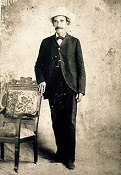







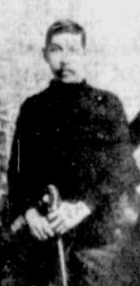
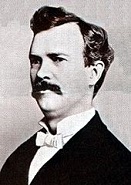

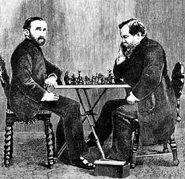






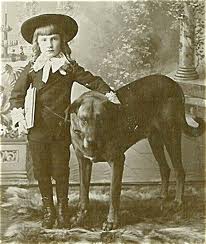




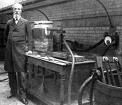





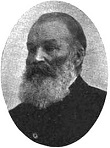
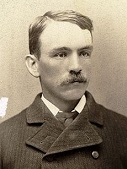
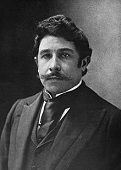

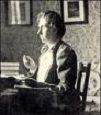


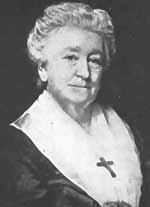







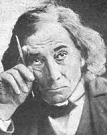


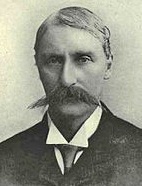
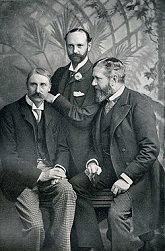


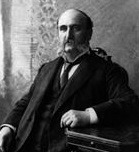


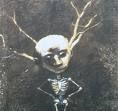
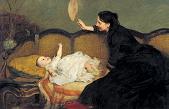
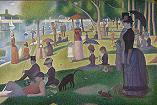
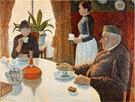

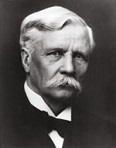






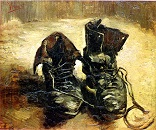
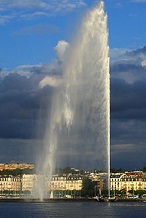
1886 Early in the year the harsh winter in Montana helps bring an end to the open range cattle era. On Jan. 4 the U.S. Supreme (Waite) Court rules in Presser v. Ill. that states may prohibit private armies, with the soundbyte: "Unless restrained by their own constitutions, state legislatures may enact statutes to control and regulate all organizations, drilling, and parading of military bodies and associations except those which are authorized by the militia laws of the United States"; it also rules that the Second Amendment limits only the power of Congress and the federal govt. to control firearms, not that of the states, and that the right peaceably to assemble applies only to the right to petition the govt. for redress of grievances. On Jan. 13 the Internat. Order of the King's Daughters and Sons is founded in New York City by Methodist minister's wife Margaret McDonald Bottome (1827-1906) for the "development of spiritual life and the stimulation of Christian activities", signing up 50K members worldwide within a year. On Jan. 28 British PM (since June 23, 1885) Lord Salisbury resigns, and on Feb. 1 Liberal "Grand Old Man" William Gladstone becomes PM of Britain for the 3rd time (until July 20). On Jan. 30 the first Texas State Fair is held in Dallas, switching to the last Fri. in Sept. until the 3rd Mon. in Oct. - only 77 years till they murder their first president? Not woodchuck, not whistle pig, but? On Feb. 2 the first official annual celebration of Groundhog Day begins in Punxsuwtawney, Penn., announced in the Punxsuwtawney Spirit. On Feb. 21 the city of Fort Myers, Fla. (modern-day pop. 75K), named after Confed. quartermaster gen. Abraham Charles Myers (1811-89) is founded on an abandoned U.S. Army fort by U.S. Civil War Union vet Manuel A. Gonzalez (1832-1902) and his 5-y.-o. son Manuel S. Gonzales from Key West; it goes on to become a major winter resort after the building of the Royal Palm Hotel in 1898, attracting Thomas Edison, Henry Ford et al. On Feb. 22 Pres. George Washington's Birthday becomes a U.S. holiday. On Mar. 27 U.S. Army Gen. George Crook and Chiricahua Apache leader (medicine man not chief) Geronimo ("he who yawns") (1829-1909) negotiate a peace treaty in the Canyon de los Embudos (Funnels) in the Sierre Madre Mts. near Sonoro, Mexico, whereby the Apaches agree to surrender and be returned to the San Carlos Rez in Ariz.; that night a Swiss-Am. bootlegger sells them a large quantity of booze, causing Geronimo and 20 drunk warriors to repudiate the treaty and steal away during the night; Geronimo is tracked down, and surrenders on Sept. 4 to U.S. Gen. Nelson A. Miles in Skeleton Canyon, Ariz., and is then sent with other warriors to Ft. Pickens, Fla., where he becomes America's first tourist attraction; meanwhile his family is sent to Ft. Marion (until 1887). On Apr. 8 British Liberal PM (since Feb. 1) William Ewart Gladstone (1809-98) formally introduces the First Home Rule (Irish Govt.) Bill (first attempt to give Irish affairs over to the Irish people), giving the Irish Parliament the right to appoint the executive of Ireland, but reserving taxing power to the British Parliament; Charles Stuart Parnell supports the bill, but there is great opposition in both Ulster (N Ireland) and England, and on June 8 it is defeated in the House of Commons by 341-311, although Parnell's party stays optimistic; the Liberal Party is split asunder, and PM William Gladstone resigns on July 20; the predominantly Conservative Tory coalition Unionist govt. takes over, with the Marquess of Salisbury returning as PM on July 25 (until Aug. 11, 1892), pumping up their policy of gung-ho pip-pip bloody-bloody Empire On Which the Sun Never Sets imperialism, with the mottoes "Splendid Isolation" and "Fight Home Rule With Kindness"; in the face of this bastion of aristocratic conservatism Gladstone remains foreign secy. instead of becoming first lord of the treasury like most PMs do, and doesn't struggle back to power for six years (Aug. 15, 1892). On May 1 U.S. workers organize the first May Day strike; on May 4 the Haymarket Square Riot (Massacre) (Affair) sees a peaceful labor strike for an 8-hour workday by 1.4K ruined by a few anti-reaper radicals who explode a bomb in Haymarket Square in Chicago, Ill, killing seven of 200 policemen, causing a riot and discrediting the labor movement as hysteria sweeps the U.S., causing Pres. Cleveland to become less tolerant of labor strikes; anarchists Samuel Fielden (1847-1922), Michael Schwab (1853-98), and Oscar William Neebe (1850-1916) are convicted, but later Ill. Dem. gov. (1893-7) John Peter Altgeld (1847-1902) pardons them, causing er, a firestorm of controversy. On May 8 after Ga. enacts temperance legislation, Atlanta, Ga. druggist John Stith (Styth) Pemberton (1831-88) reformulates his 1863 French Wine Coca to eliminate the alcohol, and creates Coca-Cola from the kola nut, syrup, damiana, and cocaine, marketing it down the street at Jacobs' Pharmacy as a "brain and nerve tonic" for 5 cents a glass (cocaine is not removed until 1903?); bookkeeper-marketer Frank Mason Robinson (1845-1923) names it and creates the Spencerian script for the bottles and ads; it only sells 25 bottles its first year; it is trademarked in 1893 by Asa Griggs Candler (1851-1929) after he buys the rights for $2.3K in 1891, and goes on to make it big while successfully fighting allegations of cocaine or dope in its "secret ingredient" (until 1916); Robinson also puts Pemberton up to giving away free coupons and plastering Atlanta with banners and signs to promote the stuff, starting a trend which the Internet generation knows as Spam? On May 10 the U.S. Supreme (Waite) Court rules in Santa Clara County v. Southern Pacific Railroad Co., to definitively accept the doctrine that the word "person" in the 14th Amendment applies to corporations as well as individuals. On May 31 the Great Gauge Change sees the Southern U.S. convert from their 5 ft. gauge to one 3 in. narrower to be compatible with the Northern U.S. The Victorian Jackie? On June 2 48-y.-o. U.S. pres. Groper Cradlerobbber, er, Grover Cleveland (b. 1837) marries 21-y.-o. Buffalo, N.Y.-born Frances Clara Folsom (1864-1947), daughter of his law partner Oscar Folsom (bringing her first baby carriage, becoming her legal guardian "Uncle Cleve", sending flowers to her room in Wells College, then wooing her in the White House in 1885) in a White House ceremony in the Blue Room (the first U.S. pres. to get married in office until ?); she becomes the youngest First Lady, taking over hostess duties from Cleveland's sister Rose Cleveland; initial unfavorable public reaction is reversed when photos of her lovely face and statuesque figure circulate; they have 2 sons, Marion (1895-1977) and Richard (1897-1974), and 3 daughters, "Baby" Ruth (1891-1904), Esther (1893-1980), and Francis (1903-95). On June 11 after attempting to dip into state funds to build more fairy tale castles, 41-y.-o. "Mad" Ludwig II (b. 1845) is declared insane, then drowns on June 13 along with his physician in Lake Starnberg outside Munich (suicide?); he is succeeded as king of Bavaria by his insane son Otto I (1848-1916), with his uncle Prince Luitpold (1821-1912) as regent (until 1912). On June 19 Cincinnati-born Yale grad. William Howard Taft (b. 1857) marries Helen Herron (1861-1943); they have 2 sons and 1 daughter. On June 19 the city of Pasadena, Calif. 10 mi. NE of downtown Los Angeles is incorporated (modern-day pop. 137K), becoming the home of the annual Tournament of Roses Parade and Rose Bowl football game, along with Caltech and the Jet Propulsion Laboratory (JPL). On June 25 Britain passes the British North America (Constitution) Act, providing for representation in the Canadian Parliament of territories not incl. in any province. On July 20 British PM (since Feb. 1) William E. Gladstone resigns, and on July 25 former PM (June 23, 1885-Jan. 28) Robert Gascoyne-Cecil, 3rd Marquess of Salsbury becomes British PM (until Aug. 11, 1892) (2nd time). On July 23 unemployed New York gambler (newsboy?) Steven Brodie (1861-1901) claims to have made a daredevil plunge from the new East River (Brooklyn Bridge) into the East River, causing the phrase "do a Brodie" to be coined; he really had a dummy dropped while he swims out from shore and greets a passing barge? Franz Liszt (1811-86) goes on a final tour of Antwerp, Brussels, Paris, Weimar, Bayreuth, Luxembourg and Windsor Castle, then dies on July 31. On Aug. 19 a 150 mph hurricane wipes out the town of Indianola, Tex., killing 74 and causing $200K damage, preceded by four and followed by three more this year; on Aug. 31 a 7.3 North Am. Plate earthquake rocks "the most polite city in America" Charleston, S.C., killing 110 and causing $5M in damage in a 200-mi. radius of the town, which is built on an unstable sandy coastal plain; Am. geologist Clarence Edward Dutton (1841-1912) studies the earthquake, discovering a method for determining its depth of focus; in 1889 he coins the term "isostasy". On Sept. 18 Jose Manuel Emiliano Balmaceda Fernandez (1840-91) is elected pres. of Chile (until Aug. 29, 1891), seeking to strengthen presidential powers while funding public works and education. On Sept. 26 (night) after acting as a courier-bodyguard for on-the-lam LDS Church pres. #3 (1880-7) John Taylor, Newlin, Penn.-born John Wickersham Woolley (1831-1928) allegedly sees the spirits of Jesus Christ and Joseph Smith Jr. visit Taylor in his home, and on Sept. 27 Taylor receives the 1886 Revelation, reaffirming the New and Everlasting Covenant (plural marriage) (which is covered-up until 1911 when his son John W. Taylor produces it from his papers), and sets apart five men incl. John and his son Lorin Calvin Woolley (1856-1934) as apostles with a special commission to keep celestial plural marriage alive, with authority to set others apart in perpetuity; Lorin goes on to become the founder of the modern Mormon fundamentalist movement. In Sept. after gold is discovered in June 1884 in sedimentary rocks on Witwatersrand (Dutch "white waters range") on the Rand Ridge in the Transvaal between the Vaal and Limpopo Rivers, causing the Witwatersrand Gold Rush, the boom town of Johannesburg (elev. 5740 ft.) (modern-day pop. 957K/9.6M), named after deputy surveyor-gen. Johannes Rissik and mining commissioner Christiaan Johannes Joubert is founded 957 mi. NNE of Cape Town as a gold-mining camp, and zooms to a pop. of over 100K, with Cecil Rhodes' Consolidated Gold Fields setting up a microsoft, er, monopoly. On Oct. 25 the U.S. Supreme (Waite) Court rules 6-3 in Wabash, St. Louis & Pacific Railway Co. v. Ill. to lessen the force of its 1877 Granger ruling regarding state regulatory power, severely limiting the rights of states to control interstate commerce. On Oct. 28 (Thur.) the 305' 1" 225-ton (heaviest in the world) "harbor chick" Statue of Liberty (AKA Liberty Enlightening the World), built by Dijon-born Alexandre Gustave Eiffel (Bonickhausen) (1832-1923) and designed by Frederic Auguste Bartholdi (1834-1904) of Alsace (a recycled version of "Egypt Bringing Light to Asia", once planned for the entrance to the Suez Canal, with the Roman goddess Libertas robed as an Egyptian fallaha peasant) is dedicated at Liberty (formerly Bedloe's) Island in New York Harbor "beside the golden door"; the base is an 11-pointed star constructed from the remains of Ft. Wood; the seven spikes in the crown signify the seven seas and continents; the right hand of the 152-ft. steel-reinforced copper-clad Lady Liberty on a 150-ft. pedestal holds a torch aloft, while her left hand carries a book inscribed "July IV MDCCLXXVI"; the sonnet The New Colossus, by Jewish-Am. poet Emma Lazarus (1849-87) is engraved on a tablet inside the pedestal, cementing the purpose as the welcoming of er, white immigrants; "Give me your tired, your poor/ Your huddled masses yearning to breathe free,/ The wretched refuse of your teeming shore,/ Send these, the homeless, tempest-tost to me,/ I lift my lamp beside the golden door!"; on Oct. 29 the first-ever ticker tape parade is held for Lady Liberty in New York City, with workers spontaneously throwing ticker tape out of brokers' windows, while Pres. Grover Cleveland accepts the statue for the U.S. On Nov. 23 handsome English-born stage actor Frederick Tyrone Edmond Power Sr. (1869-1931) debuts in "The Private Secretary" by Charles Hawtrey in St. Augustine, Fla., graduating to films in 1914, the same year his even handsomer son Tyrone Edmond Power Jr. (1914-58) is born; they both end up dying prematurely of heart attacks. On Dec. 2 Theodore Roosevelt marries his 2nd wife Edith Kermit Carow (1861-1948); they have 4 sons and 1 daughter. On Dec. 8 the Am. Federation of Labor (AFL) is founded in Columbus, Ohio, with Samuel Gompers (1850-1924) as pres. until death (except for 1895), working to keep it a conservative federation of autonomous craft unions, fighting to keep Socialists from infiltrating it, and instituting the policy of "rewarding our friends and punishing our enemies", i.e., voting for pro-labor candidates regardless of party. On Dec. 22 Henry W. Grady delivers a speech titled The New South in New York City. Prince Alexander of Bulgaria abdicates after a coup, and Stefan Nikolov Stambulov (1854-95) becomes regent, working to overthrow the military officers of the coup and place his man Ferdinand of Saxe-Coburg-Gotha on the throne. The British and the Germans enter into an agreement with the Egyptians, recognizing Sayid (Seyyid) Barghash Bin Said (d. 1888) as sultan of Zanzibar. Brig. Gen. Georges Boulanger (1837-91) becomes French war minister, and begins plotting with anti-govt. forces (working class malcontents and German revenge-mongers) to seize power, testing the new Third French Repub.; his followers are called Boulangists. Britain begins making Kenya a British colony, with Scottish-born British India Steam Navigation Co. owner Sir William Mackinnon, 1st Baronet (1823-93) using his agreement with the sultan of Zanzibar to expand British influence, chatering the Imperial British East Africa Co., with the administration of 150 mi. (240km) of coastline from the Jubba River in Mombasa to German East Africa, adding Uganda in 1890; on July 1, 1895 as the co. fails, the British govt. declares the East Africa Protectorate, with capital at Mombasa until 1920, followed by Nairobi; it is disestablished on July 23, 1920. The Royal Niger Co. of Manx-born George Dashwood Taubman Goldie (1846-1925) (founded 1879 as the United African Co., then renamed to Nat. African Co. in 1881) finally receives its royal charter to govern the British Oil Rivers Protectorate on the Niger River in N Nigeria, and he is knighted for it in 1887, working to consolidate the region with 250 ethnic and linguistic groups as a British dependency while keeping the pesky French and Germans out. After public pressure breaks the power of the landlords, the Scottish Crofters Land Act gives the Scottish Highland crofters fair rents and tenancy rights. The govt. of British Columbia gives the Canadian Pacific Railway 6K acres of land at Granville to move the W terminus of the CPR 12 mi. farther west, and the town of Granville is renamed Vancouver after 18th cent. explorer Capt. George Vancouver. The Spanish start a push to conquer Muslim-run Mindanao Island this year and next, but never succeeds in conquering it all. The Bonaparte and Orleans families are banished from France - talk about ungrateful? The Watts section of Los Angeles, Calif. (modern-day pop. 34K) starts out as 220 acres of farmland purchased from the 1843 Rancho La Tajauta Mexican land grant; in 1904 Watts Station is built, becoming its first railroad station; in 1926 it is annexed to Los Angeles, going predominantly black in the 1940s from the Second Great Migration. Flogging of soldiers is abolished in the British Army after a man is flogged to death and the physicians try to cover it up by claiming he died of pneumonia. General Electric Co. locates in Schenectady, N.Y., and eventually builds the largest electric manufacturing plant in the world, consisting of 365 bldgs. on 645 acres. Gold is discovered at Fortymile River (40 mi. from Ft. Reliance) in the Yukon, with prospectors going on to take 500K oz. of gold from its watershed, causing Jack McQuesten, Alfred Mayo, and Arthur Harper to found Forty Mile, becoming the oldest town in the Yukon. The Assoc. of Am. Physicians is founded by Sir William Osler et al. John Dewey (1859-1952) founds his Laboratory (Dewey) School. The unsuccessful Eighth (Last) Impressionist Exhibition is held in Paris. The Cincinnati Art Museum in Cincinnati, Ohio is founded. Ne'er-do-well Vincent Willem van Gogh (1853-90), after failing as an art salesman, French tutor, theological student, and miner evangelist at Wasmes, Belgium moves in with his art dealer younger brother Theo van Gogh (1857-91) in Paris, and picks up Impressionism and the brilliant hues used by Camille Pissaro, Georges Seurat (1859-91) et al. (until 1888). French artist Odilon Redon (1840-1916) becomes an instant celeb when symbolist poets Stephane Mallarme et al. draw attention to the affinities between their writings and his weird charcoal drawings dating back to the 1860s; in the 20th cent. after quantum physics triumphs, he becomes their artistic guru? - it works on women all the time? French anarchist art critic Felix Feneon (Félix Fénéon) (1861-1944) coins the term "Neo-Impressionism" to identify the group of artists headed by pointillist Georges Seurat (1859-91), whom he tries pointlessly, er, in vain to promote. The British School of Archaeology in Athens, Greece opens. Oxford U. Press begins pub. the bimonthly The English Historical Review, founded by John Dalberg-Acton, 1st Baron Acton of Cambridge U., becoming the oldest English language academic journal in the field of history; the first ed. is Mandell Creighton of Cambridge U. John Carroll U. (originally St. Ignatius College) is founded in University Heights, Ohio by the German Jesuits forced out of Germany by Bismarck's Kulturkampf; in Sept. 1968 it admits women. The Jesuit U. of Deusto in Bilbao, Spain opens; in 1916 it founds the first business college in Spain. Yeshiva U. in New York City opens, becoming the largest Jewish univ. in the U.S. Princeton law grad. Thomas Woodrow Wilson (1856-1924) receives his Ph.D. in political science from Johns Hopkins U. Chicago Avenue Church pastor Dwight Lyman Moody (1837-99), who began revival meetings in the U.S. and Britain in 1870 with hymnodist ("the Sweet Singer of Methodism") Ira David Sankey (1840-1908) founds the Chicago (Moody) Bible Inst. in Chicago, Ill. for training missionaries for foreign lands, funded by John Wanamaker et al.; it goes on to offer a Bachelor of er, Science degree in Biblical Studies. The New English Art Club is founded by British artists dissatisfied with the Royal Academy, who go for French influence, incl. Sickert and Steer. On a Sun. afternoon in Chicago, Ill., Story Count, Iowa-born beer-swigging prof. baseball player (1883-90) William Ashley "Billy" Sunday (1862-1935) is "saved" by the Pacific Garden Mission, giving up liquor, and in 1891 he gives up his $400/mo. baseball contract to work with the Chicago YMCA for $83 a mo., becoming an evangelist in 1896, followed by ordination as a Presbyterian minister in 1903. The Orpheum Circuit is founded by vaudeville impresario Gustav Walter, owner of the Orpheum Opera House in San Francisco, Calif.; in 1927 it merges with the Keith-Albee vaudeville circuit, becoming RKO Pictures in 1928. Francis Turner Palgrave (1824-97) becomes prof. of poetry at Oxford U. (until 1895), going on to churn out anthologies. The $1.75 3.6K-name New York Social Register is created in New York City by German-Am. gossip sheet publisher Louis Keller from the registry for the Metropolitan Nat. Horse Show at Madison Square Garden so that birds of a fine enough feather can flock together; the first ed. is mainly descendants of English and Dutch settlers, AKA the Knickerbocker merchant class, but by 1918 it is pumped up to 26 cities, incl. Boston, Buffalo, Charleston, Cleveland, Kansas City, Philly, San Francisco, St. Louis, and some Canadians. Smith Corona (originally Smith Premier Typewriter Co.) is founded in Syracuse, N.Y., producing the first typewriter with uppercase and lowercase letters. Milton Snavely Hershey (1857-1945) founds Lancaster Caramel Co. in Lancaster, Penn., becoming a success, and just waiting for a new idea to expand - duh? The card game of Biritch (Russian Whist) is devised in Russia, from which the name Bridge is later derived. Sultan Sayid Barghash introduces Tabaru (African-Islamic music) to Zanzibar. After working as a salesman then purchasing the parquet flooring business of Racine Hardware Co. of Racine, Wisc., Samuel Curtis Johnson Sr. (1833-1919) founds Johnson's Prepared Paste Wax Co.; in 1906 Herbert Fisk Johnson Sr. (1868-1928) becomes a partner, causing the co. to be renamed to S.C. Johnson and Son (S.C. Johnson Wax), going on to grow to $7.5B sales by 2006, with products incl. Glo-Coat, Johnsons Brite, and Mr. Muscle floor polish, Pride furniture polish, Drano drain cleaner, Glade air freshener, Pledge cleaner, Windex window cleaner, Mr Muscle oven cleaner, Saran Wrap and Ziploc food storage products, Kiwi shoe polish, and Raid roach killer - my pride and joy? Boston, Mass.-born William Crapo "Billy" Durant (1861-1947) founds the Flint Road Cart Co., becoming the world's leading manufacturer of horse-drawn vehicles, inventing dealer franchises; in 1904 he becomes gen. mgr. of Buick Motor Co. Appleton's Cyclopedia of Am. Biography accepts mail contributions for articles for the 1886 and 1888 eds., causing a practical joker to send them 84 bios of fictitious persons, which they pub.; in 1919 a librarian discovers 14 of the frauds, leading to 70 more being discovered by 1936 - the first Wikipedia? Burroughs Corp. (originally Am. Arithmometer Co.) is founded in St. Louis, Mo. by Rochester, N.Y.-born inventor William Seward Burroughs Sr. (1855-98) (grandfather of Beat Gen. writer William S. Burroughs) to manufacture mechanical adding machines, becoming the Burroughs Adding Machine Co. in 1904, and the Burroughs Corp. in 1953, going on to grow up with the computer industry until merging in 1986 with Sperry Univac to become Unisys. Abraham Cohen (1827-92) founds the first brewery in Alaska in Juneau. Glenfiddich (Gael. "valley of the deer") Speyside single malt Scotch whisky is founded in Dufftown, Scotland by William Grant & Sons, becoming the world's best-selling single malt whiseky; the logo is a stag. The Erdinger Weissbrau Brewery is founded in Erding, Bavaria, Germany (27 mi. NE of Munich) by Johann Kienle, becoming known for its Weissbier; in 1935 it is acquired by Franz Brombach, who passes it to his son Werner Brombach. The Inst. of Brewing (originally the Laboratory Club) is founded in England by 10 malting and brewing scientists; in 2001 it merges with the Operative Brewers' Guild of Yorkshire (founded Oct. 1906) to form the Inst. and Guild of Brewing, which in 2005 is renamed the Inst. of Brewing and Distilling, which pub. Brewer and Distiller Internat. and Journal of the Inst. of Brewing. Architecture: The Jet d'Eau fountain in Lake Geneva, Switzerland begins as a relief valve in the Rhone River for a hydraulic power network, shooting water 98 ft. high and becoming a tourist attraction, causing it to be moved to the lake and opened on Aug. 25, 1891 on the 600th anniv. of the Swiss Confederation, shooting water 295 ft. high; in 1951 it swtiches from city water to lake water. Hydroelectric installations at Niagara Falls are begun. The Severn Tunnel in England (begun 1873) is finished. The Sagamore (Algonquin "Chieftain") Hill mansion (begun 1884) in Cove Neck, N.Y. near Oyster Bay on the N shore of Long Island is completed by Theodore Roosevelt, originally named Leeholm until wife Alice Hathaway Lee dies in 1884 and he marries Edith in 1886, becoming their home for life, and the Summer White House in 1902-8; he dies there in Jan. 1919, and she on Sept. 30, 1948. Tower Bridge bascule-suspension bridge over the Thames River in London 0.5 mi. from the Tower of London is begun (finished 1894). Sports: On Dec. 8 the Amateur Hockey Assoc. of Canada (AHAC) is founded in Montreal, Quebec, becoming the 2nd Canadian hockey league after one founded in 1883 in Kingston, Ont.; teams incl. the Montreal Victorias, Montreal Crystals, Montreal Hockey Club, Ottawa Hockey Club, and McGill U. Club; pres. #1 is Canadian Mohawk Ottawa Senators captain (1886-7) Thomas Daniel Green (1848-1935); it disbands in 1898; each team has six players, incl. left wing, right wing, centre, rover, point, and coverpoint; first team to score a goal wins the game. The first British Amateur Golf Championship is played, won by Horace Hutchinson (1859-1932), although last year's Royal Liverpool Club winner Allan MacFie is grandfathered in. Bohemian-born Jewish-Am. chess whiz Wilhelm Steinitz (1836-1900) defeats Johannes Hermann Zukertort (1842-88) of Germany 10-5 in 20 games in the First World Chess Championship, held in New York City, St. Louis, Mo., and New Orleans, La., becoming world chess champ #1 (until 1894). The chant "Rock Chalk, Jayhawk, KU" is adopted by the science club of the U. of Kan., the state being known for chalk rock limestone; Pres. Teddy Roosevelt calls it the greatest college chant he ever heard; Kan. soldiers go on to use it in the 1889 Philippine-Am. War, the Boxer Rebellion, and WWII, and it becomes the KU Crimson and Blue sports chant. Inventions: The Applegarth Tractor is invented, with an inclined track, anticipating the tank. On Dec. 28 wealthy Josephine Garis Cochran (Cochrane) (1839-1913) of Shelbyville, Ill. (whose mother Irene is the daughter of steamboat inventor John Fitch) patents an automatic dishwasher that wins first prize at the 1893 Chicago World's Fair, and is later marketed by KitchenAid to restaurants and hotels when it proves too expensive for home use; in the 1950s new Am. suburban homes come equipped with extra plumbing to handle the hot water, making them a common household device. Am. self-taught chemist Charles Martin Hall (1861-1914) of Thompson, Ohio and French chemist Paul Louis Toussaint Heroult (Héroult) (1863-1914) independently invent processes for producing aluminum by electrolysis. Clarence Hamilton of the Plymouth Iron Windmill Co. in Plymouth, Mich. (founded 1880) invents the compressed air BB gun, and the co. begins handing them out as a promotional items with its windmills, changing its name to Daisy Manufacturing Co. on Jan. 26, 1895 after pres. Lewis Cass Hough utters the soundbyte "Boy, that's a daisy"; in spring 1940 they introduce the Red Ryder BB Gun, which resembles the Winchester rifle, named for the comic strip "Red Ryder" (1938-63) - you'll shoot your eye out? M. Auguste Mustel of Paris, son of dulciphone inventor (1860) Victor Mustel invents the Celesta (pr. chel-ES-ta) (small metal bars struck by felt hammers with piano-like keyboard), which is used by Peter Tchaikovsky in "The Dance of the Sugar Plum Fairy" (1892), and is often used to substitute for the glockenspiel. Belgian industrialist Edouard Sarazin (-1887) licenses Gottlieb Daimler's 1887 internal combustion engine patents, and hires French engineer Emile Levassor (1843-97) to build them in France; after Sarazin dies, cagey Levassor marries his widow Louise, and they go into business with Louis Francois Rene Panhard (1841-1908), producing their first model in 1890; too bad, in 1896 Levassor crashes while trying to avoid a dog in the road, and dies in 1897; not that they have as vast a consumer market waiting them as do the Yanks. German chemist Friedrich Otto Schott (1851-1935) and German microscope maker Carl Zeiss (1816-88) invent a new type of optical glass that can utilize the Abbe sine condition, making possible apochromatic (apo) microscope objectives, which bring three wavelengths into focus in the same plane rather than two like achromatic lenses. French engineer Paul Vieille (1854-1934) invents smokeless gunpowder, which he calls Poudre B, which is 3x more powerful than black gunpowder (Poudre Noire); it is adopted by the French army for the Lemel Rifle. David H. Wilson of Tex. obtains U.S. patent #343,939 for the Electric Fence, constructing a 30-mi. one energized by a water wheel, which is not successful; they are not improved until the 1906 Russo-Japanese War and WWI. Science: On Feb. 6 the hard, brittle, reflective grey chemical element Germanium (#32) (Ge) is discovered by German chemist Clemens Alexander Winkler (1838-1904) in argyrodite after he figures out that the main components silver and sulfur only take up 93% of the mass, and initially calls it ekasilicon because it is chemically related to silicon; it ends up being named after Germany. On June 20 after obtaining it from his brother in Mexico, physician John Raleigh Briggs (1851-1907) of Dallas, Tex. eats one-third of a peyote button, and next year describes it for the first time in the medical lit., with the soundbyte "I know of nothing like it except opium and cocaine"; next year he sends a sample to German pharmacologist Dr. Louis Lewin (1850-1929), who distributes it around Germany for analysis and pub. the first scientific analaysis, causing it to be named Anhalonium lewinii. On June 26 French chemist Henri Moissan (1852-1907) isolates pure pale yellow Fluorine (F) (#9) (Lat. "fluo" = to flow) gas, earning him a prize of 10K francs from the French Academy of Science. The analgesic-antipyretic chemical Acetanilide (AKA Antifebrin) is discovered; too bad, it can damage the liver and kidneys, and ends up being replaced by its metabolite acetaminophen. Latvian-born German surgeon Ernst von Bergmann (1836-1907) uses steam to sterilize surgical instruments, starting the practice of aseptic surgery. French scientist French chemist Paul-Emile (Francois) Lecoq de Boisbaudran (1838-1912) discovers the metallic rare earth element Dysprosium (Dy) (#66), known for the highest magnetic susceptibility of the rare earths. Swiss chemist Jean Charles Galissard de Marignac (1817-94) discovers rare-earth (#40) chemical element Gadolinium (#64) (Gd), and names it after Finnish chemist Johan (John) Gadolin (1760-1852), who isolated gadolinite, the ore in which it is found near Falun, Sweden, Hitra Island, Norway, et al. Charcot-Marie-Tooth Disease is discovered, the most common neurological disorder, affecting 1 in 2.5K. Nonfiction: William Archer (1856-1924), About the Theatre; Study in the Psychology of Acting. Matthew Arnold (1822-88), Civilization in the United States; "If there be a discipline in which the Americans are wanting, it is the discipline of awe and respect"; disses the American "addiction to 'the funny man', who is a national misfortune here", meaning Mark Twain (1835-1910), causing Twain to prepare a reply (never pub.), in which he says "A discriminating irreverence is the creator and protector of human liberty." Karl Brugmann, Foundations of the Comparative Grammar of the Indo-Germanic Languages (1886-93). John Burroughs (1837-1921), Signs and Seasons. Samuel Butler (1835-1902), Luck or Cunning?; study in Darwinism. Andrew Carnegie (1835-1919), Triumphant Democracy: Sixty Years' March of the Republic. John Dewey (1859-1952), Psychology; first Am. textbook on the subject, founding Functional Psychology (Functionalism), rival to Structuralism. John Hay (1838-1905), Abraham Lincoln: A History (10 vols.) (1886-90); by his private secy.; creates the modern view of Lincoln as a great war leader rather than giving more credit to his subordinates incl. secy. of state (1861-9) William H. Seward. Sir Edward Durning-Lawrence (1837-1914), The Progress of a Century; or, The Age of Iron and Steam. Warren Felt Evans (1817-89), Esoteric Christianity and Mental Therapeutics. Richard T. Ely (1854-1943), The Labor Movement in America. Auguste Fournier, Napoleon I (3 vols.). James Geikie (1839-1915), Outlines of Geology; becomes std. textbook. Adolf von Harnack (1851-1930), History of Dogma (Lehrbuch der Dogmengeschichte) (7 vols.) (1886-98); liberal German view of the Gospels, claiming that from the start Christian faith was intermingled with Greek philosophy, thus Protestants are bound to criticize it. Baron Richard von Krafft-Ebing (1840-1902), Psychopathia Sexualis: Eine Klinisch-Forensische Studie (Sexual Psychopathy: A Clinical-Forensic Study); the largest-yet collection of case histories of sexual abnormalities and perversions, becoming a besteller going into several eds., despite his attempt to use big words to make it readable only by doctors; coins the term "masochism" for Austrian novelist Leopold von Sacher-Masoch (1836-95). Stanley Lane-Poole (1854-1931), The Story of the Moors in Spain. Andrew Lang (1844-1912), Books and Bookmen; Letters to Dead Authors. James Laurence Laughlin (1850-1933), The History of Bimetallism in the United States. Ernst Mach (1838-1916), Contributions to the Analysis of Sensations (Beiträge zur Analyse der Empfindungen); formulates the concepts of Gestalt and Figural Moment. Friedrich Nietzsche (1844-1900), Beyond Good and Evil: Prelude to a Philosophy of the Future (Jenseits von Gut and Bose: Vorspiel einer Philosophie der Zukunft); argues that the evil man isn't the opposite of the good man, but a different expression of the same basic impulses. T.P. O'Connor, The Parnell Movement. Louis Pasteur (1822-95), Le Traitement de la Rage (The Treatment of Rabies). David Dixon Porter (1813-91), The Naval History of the Civil War. George John Romanes (1848-94), Physiological Selection: An Additional Suggestion on the Origin of Species; points out that Darwin never actually mentioned how new species arise. Big date for Millennium Feverists? Charles Taze Russell (1852-1916), Studies in the Scriptures (7 vols.) (1886-1916); vol. 1 is The Divine Plan of the Ages; the series contains the original ground doctrine of the Jehovah's Witnesses to the effect that the year 1914 is when Christ will return to Earth to greet an elect class from among the Gentiles, with Zionism as proof that the End is near, and the Great Pyramid more proof of the divine inspiration of the Bible; vol. 7 is released after his death, but is really ghost-written by his successors, and in 1927 the JWs officially discard Russell's writings, although they continue to try to sell-out their stocks - ask them next time they come knocking, not? Leopold von Sacher-Masoch (1836-95), Little Mysteries of World History. Edgar Saltus (1855-1921), The Anatomy of Negation; about skepticism and atheism. John Gilmary Shea (1824-92), The Catholic Church in Colonial Days, 1521-1763; The Hierarchy of the Catholic Church in the United States: Embracing Sketches of All the Archbishops and Bishops from the Establishment of the See of Baltimore to the Present Time: also, An Account of the Plenary Councils of Baltimore, and brief History of the Church in the United States; History of the Catholic Church in the United States (4 vols.) (1886-92). Henry Sidgwick (1838-1900), Outlines of the History of Ethics. Philip Stanhope, 5th earl Stanhope (1805-75), Notes of Conversation with the Duke of Wellington, 1831-1851; based on secret transcriptions made during his frequent visits, which take the place of Wellington's memoirs that he never writes. August Strindberg (1849-1912), Son of a Servant (5 vols.) (1886-1909). Algernon Charles Swinburne (1837-1909), Miscellanies. Music: Isaac Albeniz (1860-1909), Suite Espanola, Op. 47; incl. Granada. Eugen d'Albert (1864-1932), Symphony in F major, Op. 4. Edmond Audran (1842-1901), La Cigale et la Fourmi (The Grasshopper and the Ant) (operetta) (Paris). Johannes Brahms (1833-97), Symphony No. 4 in E minor, Op. 98. Emmanuel Chabrier (1841-94), Le Roi Malgre Lui (opera). Max Fielder (1859-1939), Symphony in D Minor. Vincent d'Indy (1851-1931), Symphony on a French Mountain Air. Andre Messager (1853-1929), Les Deux Pigeons (ballet) (Paris Opera). Modest Mussorgsky (1839-81), A Night on Bald Mountain (posth.); arranged by Nikolai Rimsky-Korsakov based on Mussorgsky's 1867 tone poem "St. John's Night on the Bare Mountain". Arthur Sullivan (1842-1900), The Golden Legend; based on the 1851 Longfellow poem. Arthur Edward Waite (1857-1942), Israfel: Letters, Visions and Poems (London). Art: Gustav Bauernfeind, Cotton Merchant's Gate, Temple Mount, Jerusalem. Vincent van Gogh (1853-90), Shoes; an old pair he bought at a flea market that didn't fit; makes a fan of Martin Heidegger, who waxes lyrical in "The Origin of the Work of Art" (1935): "In the shoes vibrates the silent call of the earth, its quiet gift of the ripening frain and its unexplained self-refusal in the fallow desolation of the wintry field. This equipment belongs to the earth, and it is protected in the world of the peasant woman. From out of this protected belonging the equipment itself rises to its resting-within-itself." Ferdinand Hodler (1853-1918), Meditation. Winslow Homer (1836-1910), Undertow; two male lifeguards rescue two female bathers; Eight Bells; two sailors on deck. William Henry Huddle (1847-92), Surrender of Santa Anna; the 1836 Battle of San Jacinto. George Inness (1825-94), October. Max Klinger (1857-1920), Beethoven (sculpture). John Everett Millais (1829-96), Bubbles (A Child's World); a child blowing bubbles, used in Pears Soap ads starting in 1890; the model goes on to become British Adm. Sir William James. Edvard Munch (1863-1944), The Sick Child; based on his sister Sophie. William Quiller Orchardson (1832-1910), A Tender Chord; Master Baby. Bernhard Plockhorst (1825-1907), The Guardian Angel; becomes a giant hit with Christians. Odilon Redon (1840-1916), Skeleton Man. John Singer Sargent (1856-1925), Carnation, Lily, Lily, Rose. Georges Seurat (1859-91), Sunday Afternoon on the Island of La Grande Jatte (1884-6); the pointillist classic, with 3,456,000 dots of paint on a 6'9" x 10' canvas; after everbody figures out that overwork kills, pointillism dies out by the year 1900? Paul Signac (1863-1935), Breakfast (1886-7). Plays: Robert Williams Buchanan (1841-1901), Sophia; adaptation of Henry Fielding's "Tom Jones". Alfred Cellier (1844-91) and Benjamin Charles "B.C." Stephenson (1839-1906), Dorothy (comic opera) (Gaiety Theatre, West End, London) (Sept. 25); the first production under new dir. George Edwardes, getting off to a rocky start before Edwardes sells it to his accountant Henry J. Leslie, who moves it to the Prince of Wales Theatre, becoming a big hit, with the profits used to build the Lyric Theatre, where it moves in 1888, reaching 931 perf., becoming a record until the musical comedy "A Chinese Honeymoon" (1899); stars Furneaux Cook as Sir John Bantam, Squire of Chanticleer Hall, Redfern Hollins/Ben Davies as his nephew-heir Geoffrey Wilder, Marion Hood/Marie Tempest as his daughter Dorothy Bantam, and C. Hayden Coffin as Geoffrey's friend Harry Sherwood; makes a star of Marie Tempest (1864-1942) after Marion Hood gets sick; features the songs Queen of My Heart, Be Wise in Time, Hark For'ard!, With a Welcome to All, and The Time Has Come. Octave Feuillet (1821-90), Chamillac. Catulle Mendes (1841-1909), Gwendoline; music by Chabrier. Henrik Ibsen (1828-1906), Rosmersholm; John Rosmer and Rebecca West. Sir Lewis Morris (1833-1907), Gycia (tragedy). Jean Richepin (1849-1926), Monsieur Scapin. Poetry: Naftali Herz Imber (1856-1909), Morning Star; incl. the poem "Tikvateinu" (Our Hope), which becomes the lyrics for the Israeli nat. anthem "Hatikvah". Helen Hunt Jackson (1830-85), Sonnets and Lyrics (posth.). Rudyard Kipling (1865-1936), Departmental Ditties; incl. The Bethrothed; "And a woman is only a woman, but a good cigar is a Smoke." Jean Moreas (1856-1910), Les Cantilenes (Cantilènes). Kostes Palamas (1859-1943), Songs of My Fatherland (Tragoudia tes Patridos Mou); starts a movement to revive Greek lit. with demotic as opposed to vernacular verse and a return to Hellenistic philosophy and reason. Coventry Patmore (1823-96), Collected Poems. Margaret Junkin Preston (1820-97), For Love's Sake. Jean Richepin (1849-1926), La Mer. Athur Rimbaud (1854-91), Illuminations. Emile Verhaeren (1855-1916), Les Moines. Comte Auguste Villiers de l'Isle-Adam (1838-89), L'Amour Supreme. William Butler Yeats (1865-1939), Mosada: A Dramatic Poem (debut). Novels: Paul Adam (1862-1920) and Jean Moreas (1856-1910), Les Demoiselles Goubert; marks the transition between Naturalism and Symbolism in French lit. Louisa May Alcott (1832-88), Jo's Boys; #3 in the March Family Trilogy (1868, 1871). Emilia Pardo Bazan (1851-1921), El Cisne de Villamorta (The Swan of Villamorta); Los Pazos de Ulloa (The House of Ulloa); a decadent aristocratic family. Paul Bourget (1852-1935), (Andre Cornelis) André Cornélis; a man devotes his life to avenging his father's death; filmed in 1918 and 1927. Frances Hodgson Burnett (1849-1924), Little Lord Fauntleroy; a big hit, becoming the Harry Potter of the 19th cent.; 7-y.-o. New Yorker Cedric Errol lives in genteel poverty with Mrs. Errol (Dearest) after the death of English father Capt. Cedric Errol, dressing in black velvet and lace collar with curls until he is given the news by lawyer Haversham that he has inherited the English title of Lord Fauntleroy, but must live with his sour-puss grandfather the Earl of Dorincourt and be brought up as an Englishman, only he hates the mother and snubs her; too bad, a pretender arrives, along with his evil mother, causing Dick Tipton the Bootblack and Mr. Hobbs the Grocer to play detective and expose her, after which he accepts Cedric and Dearest and they live happily together; the illustrations by Reginald Birch cause mothers to begin dressing their unhappy tykes in velvet Little Lord Fauntleroy suits.; filmed in 1914, in 1921 starring Mary Pickford, and in 1980 starring Rick Schroder. Walter Besant (1836-1901), Children of Gibeon (3 vols.). Hall Caine (1853-1931), A Son of Hagar. Anton Chekhov (1860-1904), Particoloured Stories (short stories); written in college and used to pay for his education; writes over 1K short stories in the next 18 years. Mary Cholmondeley (1859-1925), The Danvers Jewels. Wilkie Collins (1824-89), The Evil Genius; The Guilty River. Julian Corbett (1854-1922), The Fall of Asgard: A Tale of St. Olaf's Days (first novel). Marie Corelli (1855-1924), A Romance of Two Worlds (first novel); attempts to introduce New Age concepts (reincarnation etc.) into Christianity, and hits paydirt, becoming the best-selling Jacqueline Susann type novelist of Victorian England, and Queen Victoria's favorite; other fans incl. Winston Churchill and Randolph Churchill. Alphonse Daudet (1840-97), Lettres de Mon Moulin (short stories). Lodewijk van Deyssel (1864-), De Kleine Republiek. George Eliot (1819-80), Felix Holt, the Radical. Benito Perez Galdos (1843-1920), Fortunata y Jacinta (1886-7); rival in length to Tolstoy's "War and Peace", with only four main chars; his masterpiece? Ludwig Ganghofer (1855-1920), Die Sunden der Vater; Edelweisskonig. H. Rider Haggard (1856-1925), Long Odds. Thomas Hardy (1840-1928), The Mayor of Casterbridge; Mayor Michael Henchard; set in Dorchestershire on the Frome River in Wessex, S England. Edgar Watson Howe (1853-1937), The Moonlight Boy. Margaret Wolfe Hungerford (1855-97), Lady Branksmere; A Mental Struggle; The Haunted Chamber; Lady Valworth's Diamonds. Henry James (1843-1916), The Bostonians. Gottfried Keller (1819-90), Martin Salander. Charles Joseph Kickham (1828-82), For the Old Land, a Tale of Twenty Years Ago (posth.). Andrew Lang (1844-1912), The Mark of Cain; In the Wrong Paradise (short stories). Emily Lawless (1845-1913), Hurrish. Pierre Loti (1850-1923), An Iceland Fisherman (Pecheur d'Islande); his biggest hit? about the sad life of Breton fishermen who fish in Iceland each summer. Kalman Mikszath (1847-1910), Two Beggar Students. George Moore (1852-1933), A Drama in Muslin. Henrik Pontoppidan (1857-1943), The Apothecary's Daughters (Mimoser). Raffi (1835-88), Samuel. Arthur Rimbaud (1854-91), Les Illuminations. Edward Payson Roe (1838-88), He Fell in Love with His Wife. Leopold von Sacher-Masoch (1836-95), Eternal Youth; Stories from the Polish Ghetto. Robert Louis Stevenson (1850-94), Strange Case of Dr. Jekyll and Mr. Hyde; about mad scientist Dr. Henry Jekyll, who drinks a strange elixir to turn into psychokiller Edward Hyde, and is investigated by London lawyer Gabriel John Utterson; "Man is not truly one, but truly two... recognize the primitive duality of man"; the novel is immediately turned into a hugely successful stage play, but after the Whitechapel "Jack the Ripper" murders begin in 1888 the producers shut it down, believing it to be in poor taste. August Strindberg (1849-1912), The Son of a Servant. Carmen Sylva (1843-1916), Astra. Leo Tolstoy (1828-1910), The Death of Ivan Ilyich; an official of the court of justice falls and hurts his side, becoming a terminal invalid comforted only by his peasant boy servant Gerasim, reflecting on his worthless social-climbing life. Jules Verne (1828-1905), Robur the Conqueror; based on "the striking experiments of Capt. [Arthur Constantin] Krebs and Capt. Renard"; followed by "Master of the World" (1904). Auguste Villiers de l'Isle-Adam (1838-89), L'Eve Future (Tomorrow's Eve); the char. Andreide popularizes the word "android". Constance Fenimore Woolson (1840-94), East Angels. Julius Zeyer (1841-1901), The Chronicle of St. Brendan. Births: Canadian silent film actress ("the First Movie Star") ("the Girl of a Thousand Faces") ("The Biograph Girl") ("the Imp Girl") Florence Lawrence (Florence Annie Bridgwood) (d. 1938) on Jan. 2 in Hamilton, Ont. German July 20 Plot Nazi gen. Karl Heinrich von Stuelpnagel (d. 1944) on Jan. 2 in Berlin. Am. Imagist poet-writer John Gould Fletcher (d. 1950) on Jan. 3 in Little Rock, Ark.; educated at Phillips Academy, and Harvard U.; husband (1936-) of Charlie May Simon (1897-1977). Am. "Jimmy Stewart's sister in Harvey", "Brewster sister in Arsenic and Old Lace" actress Josephine Hull (nee Sherwood) (d. 1957) on Jan. 3 in Newtonville, Mass. British Vice-Adm. Gordon Campbell (d. 1953) on Jan. 6 in Croydon, Surrey; educated at Dulwich College. Am. abstract expressionist artist (Jewish) John D. Graham (Ivan Gratianovitch Dombrowsky) (d. 1961) on Jan. 8 (Dec. 27 Old Style) in Warsaw, Poland; emigrates to the U.S. in 1920; husband (1924-) of Elinor Gibson. Am. fashion designer (inventor of the brassiere) (Maidenform co-founder) (Jewish) Ida Rosenthal (Kaganovich) (d. 1973) on Jan. 9 in Russia; emigrates to the U.S. in 1904. Am. AT&T pres. (1925-48) (Unitarian) Walter Sherman Gifford (d. 1966) on Jan. 10 in Salem, Mass. English "Prof. Moriarty in The Adventures of Sherlock Holmes" actor George Desylla Zucco (d. 1960) on Jan. 11 in Manchester; Greek father, English mother. Canadian 5'11" hockey hall-of-fame player-coach Arthur Howey "Art" Ross (d. 1964) on Jan. 13 in Naughton, Ont. German BMW dir. (1922-42) Franz Josef Popp (d. 1954) on Jan. 14 in Vienna, Austria. German aircraft designer Reinhold Platz (d. 1966) on Jan. 16 in Cottbus. English "The Mauve Tower" novelist Arthur Annesley Ronald Firbank (d. 1926) on Jan. 17; educated at Trinity Hall, Cambridge U. Am. aircraft manufacturer-pilot Glenn Luther Martin (d. 1955) on Jan. 17 in Macksburg, Iowa. Am. Mafia boss ("the man who can dodge bullet") Giuseppe "Joe the Boss" Masseria (d. 1931) on Jan. 17 in Menfi, Sicily; grows up in Marsals; emigrates to the U.S. in 1902. French Constructivist sculptor-painter (Jewish) Antoine Pevsner (d. 1962) on Jan. 18 in Orel, Russia; brother of Naum Gabo (1890-1977). Am. "Imitation of Life", "Magnificent Obsession", "The Keys of the Kingdom" film dir. (Jewish) John Malcolm Stahl (Jacob Morris Strelitsky) (d. 1950) on Jan. 21 in Baku, Azerbaijan; emigrates to the U.S. in ?. German "Bloody White Baron" baron (last khan of Mongolia) Roman (Robert) Nikolai Maximilian von Ungern-Sternberg (Ungern von Sternberg) (d. 1921) on Jan. 22 in Graz, Austria. Am. "Twelve O'Clock High", "The Song of Bernadette" film dir. Henry King (d. 1982) on Jan. 24 in Christiansburg, Va. German conductor-composer Wilhelm Furtwangler (Furtwängler) (d. 1954) on Jan. 25 in Berlin. Am. abstract painter (co-founder of Synchromism) Morgan Russell (d. 1953) on Jan. 25 in New York City. Am. "The Dust Which is God" poet William Rose Benet (Benét) (d. 1950) on Feb. 2 in Ft. Hamilton, N.Y.; elder brother of Stephen Vincent Benet (1898-1943); brother of poet Laura Benet. Am. "Mutiny on the Bounty" film dir. Frank Lloyd (b. 1960) on Feb. 2 in Glasgow, Scotland. Am. "Bringing Up Baby", "Egbert Floud in Ruggles of Red Gap", "Milburn Drysdale's father-in-law in The Beverly Hillbillies", "Aesop in Aesop and Son" comic actor Charles Sherman "Charlie" Ruggles (d. 1970) on Feb. 8 in Los Angeles, Calif.; brother of Wesley Ruggles (1889-1971). Am. "Finders and Makers", "The Flowering of New England" historian-critic Van Wyck Brooks (d. 1963) on Feb. 16 in Plainfield, N.J.; educated at Harvard U. Am. banker (Jewish) Maurice Wertheim (d. 1950) on Feb. 16 in New York City; son of Jacob Wertheim and Hanna Frank; educated at Harvard U.; husband (1909-29) of Alma Morgenthau, (1930-5) Ruth White, and (1944-) Cecile Berlage; father of Barbara W. Tuchman (1912-89). Philippine chief justice #5 (1941-2) Jose Abad Santos y Basco (d. 1942) on Feb. 19 in San Fernando, Pampanga; educated at Santa Clara College, Northwestern U., and George Washington U. Hungarian Communist leader (atheist) Bela Kun (Béla Kohn) (d. 1936) on Feb. 20 in Lele, Austria-Hungary (modern-day Hodod, Romania) (near Szilagycseh, Transylvania); Jewish father, Protestant mother. German writer-poet-artist (co-founder of the Dada movement and coiner of the word "Dada") Hugo Ball (d. 1927) on Feb. 22 in Pirmasens; educated at the U. of Munich, and U. of Heidelberg. U.S. Supreme Court justice #76 (1937-71) and U.S. Sen. (D-Ala.) (1927-37) Hugo LaFayette Black (d. 1971) on Feb. 27 in Harlan, Clay County, Ala.; educated at the U. of Ala.; calls himself a "Clay County hillbilly". Austrian "Bride of the Wind" expressionist painter-poet-playwright Oskar Kokoschka (d. 1980) on Mar. 1 in Pochlarn. French auto racer-aviator Rene (René) Thomas (d. 1975) on Mar. 7 in Perigeaux. Am. chemist (discoverer of cortisone) Edward Calvin Kendall (d. 1972) on Mar. 8 in South Norwalk, Conn.; educated at Columbia U. U.S. Gen. Robert Lawrence Eichelberger (d. 1961) on Mar. 9 in Urbana, Ohio. German chancellor #18 (1925-6) Hans Luther (d. 1962) on Mar. 10 in Berlin. Polish marshal Edward Rydz-Smigly (d. 1941) on Mar. 11 in Lapszyn, Galicia. Danish Golden Age illustrator Kay Nielsen (d. 1957) (pr. KIGH) on Mar. 12 in Copenhagen. British princess Patricia "Patsy" of Connaught (d. 1974) on Mar. 17 in Buckingham Palace, London; daughter of Prince Arthur, duke of Connaught and Strathearn (1850-1942) (3rd son of Queen Victoria) and Princess Luise Margarete of Prussia (1860-1917); sister of Prince Arthur of Connaught (1883-1938) and Princess Margaret of Connaught (1882-1920); wife (1919-) of Alexander Ramsay (1881-1972). Am. "The Front Page", "Trouble in Paradise", "Holiday" comedic actor (master of the double-take) Edward Everett Horton (d. 1970) on Mar. 18 in Brooklyn, N.Y. German psychologist Kurt Koffka (d. 1941) on Mar. 18 in Berlin; educated at the U. of Berlin. German Vice Adm. Lothar von Arnauld de la Periere (Perière) (d. 1941) on Mar. 18 in Posen (Poznan, Poland). Am. baseball pitcher-mgr. (Cleveland Indians) Cyril Charles "Cy" Slapnicka (d. 1979) on Mar. 23 in Cedar Rapids, Iowa. Am. photographer Edward Henry Weston (d. 1958) on Mar. 24 in Highland Park, Ill.; first photographer to win a Guggenheim Fellowship (1937); not to be confused with inventor Edward Weston (1850-1936). Greek ecumenical patriarch #268 of Constantinople (1948-72) Athenagoras I (Aristocles Spyrou) (d. 1972) on Mar. 26 in Vasilikon (near Ioannina), Epirus. Am. "less is more", "God is in the details" glass skyscraper modernist architect Ludwig Mies van der Rohe (Maria Ludwig Michael Mies) (d. 1969) on Mar. 27 in Aachen, Prussia, Germany; emigrates to the U.S. in 1937. German munitions heiress Bertha Krupp von Bohlen und Halbach (d. ?) on Mar. 26 in Essen; daughter of Friedrich Albert Krupp (1854-1902); wife (1906-) of Gustav von Bohlen und Halbach (1870-1950). Am. "The Moonstone" pioneer film dir. Reginald C. Barker (d. 1945) on Apr. 2 in Winnipeg, Man., Canada. Am. "As Time Goes By", "Casablanca" actor-singer (black) Arthur "Dooley" Wilson (d. 1953) on Apr. 3 in Tyler, Tex. Am. "A History of American Magazines" historian-journalist (Quaker) Frank Luther Mott (d. 1964) on Apr. 4 in Rose Hill, Iowa; coiner of the term "photojournalism" English physicist (vegetarian) (teetotaler) ("Baron Berlin") Frederick Alexander Lindemann, 1st Viscount Cherwell (d. 1957) on Apr. 5 in Baden-Baden, Germany; German-born British father, Am. mother; educated at the U. of Berlin. Am. 5'4" Olympic runner John Joseph "Johnny" Hayes (d. 1965) on Apr. 10 in New York City; Irish immigrant parents. Am. psychologist (founder of Purposive Behaviorism) Edward Chace Tolman (d. 1959) on Apr. 14 in West Newton, Mass.; educated at MIT, and Harvard U. French Purist cubist painter Amedee (Amédée) Ozenfant (d. 1966) on Apr. 15 in Saint-Quentin; educated at the U. of Paris; becomes U.S. citizen in 1944, then returns to France in 1955. Japanese Gen. Baron Hiroshi Oshima (d. 1975) on Apr. 19 in Gifu Prefecture. Am. "Black Bottom" blues singer ("Mother of the Blues") (bi) Gertrude Malissa Nix Pridgett "Ma" Rainey (d. 1939) on Apr. 26 in Columbus, Ga. Italian "The Art of Noises" Futurist painter-composer-writer Luigi Russolo (d. 1947) on Apr. 30 in Portogruaro. German poet Gottfried Benn (d. 1956) on May 2; postwar Germany's T.S. Eliot? Am. actress and gossip columnist ("Queen of the Quickies") Hedda Hopper (Elda Furry) (d. 1966) on May 2 in Hollidaysburg, Penn.; Quaker parents; pays a numerologist $10 to pick her name Hedda. French organist-pianist-composer Marcel Dupre (Dupré) (d. 1971) on May 3 in Rouen, Normandy; begins performing at age 10, and in 1920 plays all 200+ organ compositions of J.S. Bach from memory - what's he got in his wallet? U.S. atty.-gen. #58 (1941-5) Francis Beverley Biddle (d. 1968) on May 9 in Paris, France; great-great-grandson of Edmund Randolph; half 2nd cousin 4xs removed of James Madison; educated at Groton School, and Harvard U. Swiss Reformed Protestant theologian (the Red Pastor from Safenwil") Karl Barth (d. 1968) (pr. like Bart) on May 10 in Basel; grows up in Bern; educated at the U. of Bern, U. of Berlin, and U. of Tubingen. English "Last and First Men" sci-fi writer (agnostic) William Olaf Stapledon (d. 1950) on May 10 in Seacombe (near Liverpool), Wallasey; educated at Balliol College, Oxford U., and U. of Liverpool. German Zeppelin capt. Ernst August Lehmann (d. 1937) on May 12 in Ludwigshafen am Rhein. Canadian sociologist Ernest Watson Burgess (d. 1966) on May 16 in Tilbury, Ont.; educated at the U. of Chicago. Am. "Lee's Lieutenants", "George Washington" historian (Baptist) Douglas Southall Freeman (d. 1953) on May 16 in Lynchburg, Va; son of Walker Burford Freeman, a member of Robert E. Lee's Army of Northern Virginia; educated at Richmond College, and Johns Hopkins U. Spanish king (1886-1931) Alfonso XIII (d. 1941) on May 17 in Madrid; posth. son of Alfonso XII (1857-85). Swedish politician Ture Nerman (d. 1969) on May 18 in Norrkoping. British vice adm. Richard Bell Davies (Bell-Davies) (d. 1966) on May 19 on Kensington, London. Am. "The Coming of the War, 1914" historian Bernadotte Everly Schmitt (d. 1969) on May 19 in Strasburg, Va.; educated at Oxford U., and U. of Wisc. English "London Times" owner (1922-66) Lt. Col. John Jacob Astor, 1st Baron Astor of Hever (d. 1971) on May 20 in New York City; 4th child of William Waldorf Astor, 1st viscount Astor (1848-1919) and Mary Dahlgren Paul (1858-94); educated at Eton College and New College, Oxford U.; created baron in 1956. Am. "The Jazz Singer" singer-actor (Jewish) ("World's Greatest Entertainer") Al Jolson (Asa Yoelson) (d. 1950) on May 26 in Seredzius, Lithuania; emigrates to the U.S. in 1891; starts out as a rabbi-cantor in Washington, D.C.; first openly Jewish U.S. entertainment star. Am. "War Is the Health of the State" leftist writer-philosopher Randolph S. Bourne (d. 1918) on May 30 in Bloomfield, N.J.; educated at Columbia U. German educator (founder of United World Colleges) (Jewish) Kurt Matthias Robert Martin Hahn (d. 1974) on June 5 in Berlin; educated at Oxford U., Heidelberg U., Freiburg U., and Gottingen U. Am. cardiologist (Pres. Eisenhower's personal physician) Paul Dudley White (d. 1973) on June 6 in Roxbury, Mass.; educated at Roxbury Latin School, and Harvard U. Roman aerodynamics pioneer Henri Marie Coanda (d. 1972) on June 7 in Bucharest. Am. "Doctor Doolittle" children's writer Hugh John Lofting (d. 1947) on June 14 in Maidenhead, Berkshire, England; emigrates to the U.S. in 1919; educated at Mount St. Mary's college, and MIT. Am. industrialist-philanthropist Kay Kimbell (d. 1954) on June 15 in Leon County, Tex. English Mt. Everest explorer George Herbert Leigh Mallory (d. 1924) on June 18 in Mobberley, Cheshire; educated at Winchester College, and Magdalene College, Cambridge U. U.S. Air Force 5-star gen. Henry Harley "Hap" "Pewt" "Benny" "The Chief" Arnold (d. 1950) on June 25 in Gladwyne, Penn.; first/only gen. of the U.S. Air Force (1949), and first/only American to achieve 5-star rank in two different armed services. Am. "I AM" religious movement co-founder Edna Ann(e) Wheeler Ballard (d. 1971) on June 25 [Cancer] in Burlington, Iowa; wife (1916-) of Guy Ballard (1878-1939). Chinese world's oldest person Alimihan Seyiti (d. 2021) on June 25. Am. Young & Rubicam ad agency co-founder John Orr Young (d. 1976) on June 25 in Leon, Iowa; partner of Raymond Rubicam (1892-1978). French Christian Dem. PM #130 (1947-8) and #132 (1948) Robert Schuman (d. 1963) on June 29 in Clausen, Luxembourg City, Luxembourg; co-founder of the EU, Council of Europe, and NATO. British gov. #21 of Hong Kong (1941) Sir Mark Aitchison Young (d. 1974) on June 30; educated at Eton College, and King's College, Cambridge U. Polish "Song of the Murdered Jewish People" poet-dramatist (Jewish) Itzhak Katzenelson (d. 1944) on July 1 in in Karelichy (near Minsk); grows up in Lodz. Italian aviation pioneer Giovanni Battista "Gianni" Caproni, 1st Count of Taliedo (d. 1957) on July 3 in Massone d'Arco, Austria-Hungary; educated at the Tech. U. Munich, and U. of Liege. U.S. ambassador to the Philippines (1952-5) Adm. Raymond Ames Spruance (d. 1969) on July 3 in Baltimore, Md. German composer Heinrich Kaminsky (Kaminski) (d. 1946) on July 4 in Tiengen. Danish "Dr. Christian", "Shirley Temple's grandfather in Heidi" actor Jean Pierre Hersholt (d. 1956) (pr. "hair-shult") on July 12 in Copenhagen; emigrates to the U.S. in 1913; founder of the Motion Picture Relief Fund; uncle of Erik Hersholt Nielsen (1924-2008) and Leslie Nielsen (1926-2010). Am. Roman Catholic clergman Father Edward Joseph Flanagan (d. 1948) on July 13 in Roscommon, Ireland; emigrates to the U.S. in 1904; founder of Boys Town (1917). Am. "Battling Grogan in Afraid to Fight" actor Tom Kennedy (d. 1965) on July 15 in New York City; starts out as a boxer. French "L'Atlantide" novelist Pierre Benoit (d. 1962) on July 16 in Albi. French historian (assimilated Alsatian Jew) (co-founder of the Annales School of History) Marc Leopold Benjamin Bloch (d. 1944) on July 16 in Lyons. Am. Gen. Simon Bolivar Buckner Jr. (d. 1945) on July 18 in Munfodville, Hart County, Ky.; son of Confed. gen. Simon Bolivar Buckner Sr. (1823-1914). Am. "Puttin' on the Ritz", "Surrender" dir. Edward H. Sloman (d. 1972) on July 19 in London; emigrates to the U.S. in 1915. Scottish aviation pioneer Lt.-Col. Sir Arthur Whitten Brown (d. 1948) on July 23 in Glasgow; Am. parents; grows up in Stretford, Lancashire. Spanish "Englishmen, Frenchmen, Spaniards" pacifist diplomat-historian Salvador de Madariaga (d. 1978) on July 23 in La Coruna. German physicist (inventor of the screen-grin vacuum tube and the pentode) Walter Hans Schottky (d. 1976) on July 23 in Zurich, Switzerland. Japanese "Diary of a Mad Old Man" novelist Junichiro (Jun'ichiro) Tanizaki (d. 1965) on July 24 in Tokyo. German Gen. Georg Stumme (d. 1942) on July 29 in Halberstadt. Am. New Thought leader Emmet Fox (d. 1951) on July 30 in Ireland; emigrates to the U.S. in 1928. Italian Costra Nostra boss Salvatore "Sal" "Mustache Pete" "Little Caesar" Maranzano (d. 1931) on July 31 in Castellammare del Golfo, Sicily; emigrates to the U.S. in 1919. Am. "The Man Nobody Knows" writer and ad exec Bruce Fairchild Barton (d. 1967) on Aug. 5 in Tenn.; educated at Amherst College. Canadian-Am. physicist (inventor of the mass spectrometer and discoverer of U-235) Arthur Jeffrey Dempster (d. 1950) on Aug. 14 in Toronto, Ont., Canada; educated at the U. of Chicago. English "The Lives of a Bengal Lancer" writer Maj. Francis Charles Claypon Yeats-Brown (d. 1944) on Aug. 15 in Genoa, Italy; diplomat father. German Marxist philosopher Karl Kosch (d. 1961) on Aug. 15 in Tostedt; educated at the U. of Jena. Am. biochemist Harry Steenbock (d. 1967) on Aug. 16 in Charlestown, Wisc. Am. "The Courage to Be" Lutheran existentialist philosopher (atheist?) (agnostic?) Paul Johannes Tillich (d. 1965) on Aug. 20 in Starzeddel, Brandenburg, East Germany; emigrates to the U.S. in 1947. English light music composer Eric Coates (d. 1957) on Aug. 27 in Hucknall, Nottinghamshire; father of Austin Coates (1922-97); no relation to Albert Coates (1882-1953). Am. Higgins Boat manufacturer Andrew Jackson Higgins (d. 1952) on Aug. 28 in Columbus, Neb. Am. "Porgy and Bess" novelist DuBose Heyward (d. 1940) on Aug. 31 in Charleston, S.C.; descendant of DOI signer Thomas Heyward Jr. (1746-1809); husband of Dorothy Heyward (1890-1961). Swiss composer Othmar Schoeck (d. 1957) on Sept. 1 in Brunnen. German "Saboteur", "Magnificent Obsession" wavy-hair actor Otto Kruger (d. 1974) on Sept. 6 in Toledo, Ohio; grand-nephew of Paul Kruger (1825-1904). Danish "Figure and Ground" psychologist Edgar John Rubin (d. 1951) on Sept. 6 in Copenhagen. British war poet Siegfried (Lorraine) Sassoon (d. 1967) on Sept. 8. Am. poet John Hall Wheelock (d. 1978) on Sept. 9; descendant of Dartmouth College founder Eleazar Wheelock (1711-79). Am. "Sea Garden", "Heliodora", "Palimpsest" Imagist poet-novelist (bi) Hilda Doolittle ("H.D.") (d. 1961) on Sept. 10 in Bethlehem, Penn.; uses the initials "H.D." as an alias; wife of Richard Aldington (1892-1962); lover of Ezra Pound and Bryher. Am. Harlem Renaissance writer (black) ("the Father/Dean of the Harlem Renaissance") Alain LeRoy Locke (d. 1954) on Sept. 13 in Philadelphia, Penn.; educated at Harvard U.; Hertford College, Oxford U., and U. of Berlin; first African-Am. Rhodes scholar (1907). English organic (alkaloid) chemist Sir Robert Robinson (d. 1975) on Sept. 13 in Chesterfield; educated at Magdalene College, Oxford U. German July 20 Plot Gen. ("the Old Cavalryman") Erich Hoepner (d. 1944) on Sept. 14 Frankfurt an der Oder, Brandenburg. Czech foreign minister (1940-8) Jan Garrigue Masaryk (d. 1948) on Sept. 14 in Prague; son of Tomas Masaryk (1850-1937) and U.S.-born Charlotte Garrigue (1850-1923). Icelandic scholar Sigurour Nordal (d. 1974) on Sept. 14. Am. celeb Dorothy Shakespear (d. 1973) oN Sept. 14; daughter of Olivia Shakespear (1863-1938); wife (1914-72) of Ezra Pound (1885-1972); mother of Omar Shakespear Pound (1926-2010). French mathematician Paul Pierre Levy (Lévy) (d. 1971) on Sept. 15 in Paris. French "Cloud Shepherd" avant-garde Dadaist sculptor-painter-poet Hans (Jean) Arp (d. 1966) on Sept. 16 in Strasbourg; German father, French mother; calls himself Hans when speaking German and Jean when speaking French. Italian "La Donna Nuda" film dir. Carmine Gallone (d. 1973) on Sept. 18 in Taggia, Liguria. Canadian theater dir.-producer-writer-actor John Murray Anderson (d. 1954) on Sept. 20 in St. John's, Newfoundland; educated at the U. of Lausanne Am. Iron Lung co-inventor Louis Agassiz Shaw Jr. (d. 1940) on Sept. 25 in Chestnut Hill, Mass. English physiologist Archibald Vivian Hill (d. 1977) on Sept. 26 in Bristol; educated at Trinity College, Cambridge U. Am. "After Seven Years" conservative Repub. writer Raymond Charles Moley (d. 1975) on Sept. 27 in Berea, Ohio; educated at Oberlin College, and Columbia U.; starts out as a member of FDR's Brain Trust, invents the term "New Deal", then turns on him and goes conservative. Am. isolationist Repub. politician William "Wild Bill" Langer (d. 1959) on Sept. 30 near Casselton, N.D. Am. ambassador and U.S. rep. Ruth Bryan Owen (d. 1954) on Oct. 2; wife of William Jennings Bryan (1860-1925); first female Southern congressperson (1929) and first female U.S. ambassador (Denmark) (1933-6). Irish Literary Revival dramatist-novelist (Protestant) Esme (Esmé) Stuart Lennox Robinson (d. 1958) on Oct. 4 in Douglas, County Cork. Am. 6'3-1/2" silent film actor-comedian Karl Dane (Rasmus Karl Therkelsen Gottlieb) (d. 1934) on Oct. 12 in Copenhagen, Denmark; emigrates to the U.S. in 1916; husband (1921-3) of Helen Benson (-1923). German July 20th Plotter Gen. Fritz Erich Fellgiebel (d. 1944) on Oct. 14 in Popelwitz (Popowice), Silesia. Israeli PM #1 (1948-53, 1955-63) (Jewish) David Ben-Gurion (David Grün) (David Green) (d. 1973) on Oct. 16 in Plonsk, Poland; educated at the U. of Warsaw; immigrates to Palestine in 1906. Am. "You Can't Take It With You", "mother Marmee in Little Women" actress Spring Dell Byington (d. 1971) on Oct. 17 in Denver, Colo. (32nd Ave. and Osceola St.); daughter of school supt. Edwin Lee Byington (1852-91). Am. Merrill Lynch founder (1914) Charles Edward Merrill (d. 1956) on Oct. 19 in Green Cove Springs, Fla; educated at Amherst College; partner of Edmund C. Lynch (1885-1938). Russian choreographer and ballet dir. Fyodor V. Lopukhov (d. 1973) on Oct. 20 in St. Petersburg. U.S. Gen. Oscar Woolverton Griswold (d. 1959) on Oct. 22 in Ruby Valley, Nevada. Am. Boring Figure experimental psychologist and historian of psychology (perfect name?) (Quaker) Edwin Garrigues "Gary" Boring (d. 1968) on Oct. 23 in Philadelphia, Penn.; educated at Cornell U.; student of Edward B. Titchener; teacher of Stanley Smith Stevens. Hungarian "The Great Transformation" economist (Jewish) Karl Paul Polyani (d. 1964) on Oct. 25 in Vienna, Austria; brother of Michael Polyani (1896-1976); educated at the U. of Budapest. Am. "The Private Life of Sherlock Holmes" journalist-poet-novelist-critic Charles Vincent Emerson Starrett (d. 1974) on Oct. 26 in Toronto, Ont., Canada; grows up in Chicago, Ill.; co-founder of the Baker Street Irregulars. Am. criminal defense atty. Harold Lee "Jerry" Giesler (d. 1962) on Nov. 2 in Iowa. English writer Vyvyan Holland (Vyvyan Oscar Beresford Wilde) (d. 1967) on Nov. 3 in London; son of Oscar Wilde (1854-1900) and Constance Lloyd (1858-98); educated at Trinity Hall, Cambridge U. Danish "My System" chess champ (Jewish) Aaron Nimzovich (Aron Isaevich Nimzovwitsch) (d. 1935) on ? in Riga, Latvia; emigrates to Denmark in 1922. Am. "I'll See You in My Dreams", "Makin' Whoopee" Tin Pan Alley hall-of-fame lyricist (Jewish) Gustav Gerson "Gus" Kahn (d. 1941) on Nov. 6 in Koblenz, Germany; emigrates to the U.S. in 1890; collaborator of Harry M. Woods (1896-1970). German "Gen. Ludendorff in The Hitler Gang", "Victor Victoria" actor-dir.-writer Reinhold Schunzel (Schünzel) (d. 1954) on Nov. 7 in Hamburg. Am. psychologist David Pablo Boder (d. 1961) on Nov. 9 in Liepaja, Latvia; coiner of the term "Holocaust" in 1946. Am. "Requiem for a Heavyweight", "The Perfect Fool" actor-comedian-dir. (Jewish) Ed Wynn (Isaiah Edwin Leopold) (d. 1966) on Nov. 9 in Philadelphia, Penn.; father of Keenan Wynn (1916-86). English "The Dippers" playwright-novelist Ben Travers (d. 1980) on Nov. 12 in Hendon, London. German expressionist dancer-choreographer Mary Wigman (Karoline Sophie Marie Wiegmann) (d. 1973) on Nov. 13 in Berlin; collaborator of Hanya Holm (1893-1992); known for the Witch Dance. French Muslim Sufi writer (convert from Roman Catholicism) Rene Jean Marie Joseph Guenon (René Guénon) (d. 1951) (AKA Shaykh 'Abd al-Wahid Yahya) on Nov. 15 in Blois, Loir-et-Cher. Am. journalist (Jewish) ("Dean of Washington Newsmen") Arthur Bernard Krock (d. 1974) on Nov. 16 in Glasgow, Ky.; educated at the Lewish Inst. English philosopher Walter Terence Stace (d. 1967) on Nov. 17 in London; educated at Trinity College, Dublin. Am. Sperry-Rand founder James Henry Rand Jr. (d. 1968) on Nov. 18 in North Tonawanda, N.Y.; educated at Harvard U. Belgian "Le Cocu Magnifique" dramatist Fernand Crommelynck (d. 1970) on Nov. 19 in Paris; Belgian father, French mother. Austrian "Dance of the Bees" ethologist Karl Ritter von Frisch (d. 1982) on Nov. 20 in Vienna. Am. "Banks and Politics in America" financial historian and Federal Reserve Board member (1930-50) Bray Hammond (d. 1968) on Nov. 20 in Springfield, Mo.; educated at Stanford U. English diplomat-writer (bi) Sir Harold George Nicolson (d. 1968) on Nov. 21 in Tehran, Persia; husband (1913-) of Vita Sackville-West (1892-1962); educated at Balliol College, Oxford U.; father of Nigel Nicolson (1917-2004). Am. "The Little Review" writer-ed. (lesbian) (follower of George Gurdjieff) Margaret Caroline Anderson (d. 1973) on Nov. 24 in Indianapolis, Ind.; lover of Jane Heap (1883-1964) and Dorothy Caruso (widow of Enrico Caruso). French painter Leonard Tsuguharu Foujita (d. 1968) on Nov. 27 in Tokyo, Japan; emigrates to France in 1913. Am. diplomat (bi?) Jefferson Caffery (d. 1974) on Dec. 1 in Lafayette, La.; educated at Tulane U. Indian Socialist Muslim indendence leader Raja Mahendra Pratap Singh (d. 1979) (AKA Aryan Peshwa) on Dec. 1 in Mursan, Uttar Pradesh. Am. "Nero Wolfe" mystery novelist (Quaker) Rex Todhunter Stout (d. 1975) on Dec. 1 in Noblesville, Ind.; creator of fat orchid-growing art connoisseur Nero Wolfe ("the Falstaff of Detectives"), who solves murder mysteries without leaving his Manhattan brownstone home; known as an anti-Communist leftist activist a la George Orwell (1903-50), but watched by the FBI as an "alleged radical". Czech "Bloudeni" novelist-poet-playwright Jaroslav Durych (d. 1962) on Dec. 2 in Hradec Kralove. Swedish X-ray spectroscopy physicist Karl Manne Georg Siegbahn (d. 1978) on Dec. 3 in Orebro (Örebro). Am. "poem lovely as a tree" poet Alfred Joyce Kilmer (d. 1918) on Dec. 6 in New Brunswick, N.J.; husband of Aline Murray Kilmer (1888-1941). Mexican #1 artist Diego Rivera (d. 1957) on Dec. 8 in Guanajuato; twin brother Carlos Maria dies at 14 mo.; his mother is pronounced dead after giving birth but the maid later notices her breathing; the father is ed. of a liberal Mexican newspaper; his mother calls him a monster for cutting open a pregnant mouse to prove where babies come from. Am. frozen food king Clarence Birdseye II (d. 1956) on Dec. 9 in Brooklyn, N.Y.; educated at Amherst College; starts out as a taxidermist and coyote killer. Am. "Gypo Nolan in The Informer", "Top Sgt. Quincannon in She Wore a Yellow Ribbon", "Sgt. Festus Mulcahy in Fort Apache", "Squire Red Will Danaher in The Quiet Man" actor-boxer Victor Andrew de Bier Everleigh McLaglen (d. 1959) (pr. muh-CLOG-len) on Dec. 10 in Tunbridge Wells, Kent, England; son of Protestant Rev. Andrew McLaglen; youngest of 8 brothers; grows up in South Africa; at age 14 claims his birth year as 1882 to enlist in the London Life Guards during the Boer War; father of Andrew Victor McLaglen (1920-); f ights (defeats?) Jack Johnson in an exhibition match in 1909; emigrates to the U.S. in 1924. Am. Detroit Tigers baseball hall-of-fame player ("the Georgia Peach") Tyrus Raymond "Ty" Cobb (d. 1961) on Dec. 18 in Narrows, Ga.; hated for his meanness incl. sliding into bases feet-first with spikes bared; starts out a white supremacists then later mellows and supports integrated baseball. Am. "Northwest Passage" novelist Kenneth Roberts (d. 1957) on Dec. 8 in Kennebunkport, Maine; educated at Cornell U. Hungarian-Am. "Casablanca", "The Adventures of Robin Hood", "Captain Blood" film dir. (Jewish) Michael Curtiz (Kertesz Kaminer Mano) (d. 1962) on Dec. 24 in Budapest. Am. "Muskrat Ramble" Dixieland jazz trombonist and bandleader (black) Edward "Kid" Ory (d. 1973) on Dec. 25 in La Place, La.; father of Babette Ory. Hungarian PM (1932-6) Gyula (Julius) Gombos (Gömbös) de Jakfa (d. 1936) on Dec. 26 in Murga. West Indian Pan-African nationalist journalist (white) Amy Euphemia Jacques Garvey (d. 1973) on Dec. 31 in Kingston, Jamaica; wife (1922-) of Marcus Garvey (1887-40). Egyptian women's reform writer Malak Hifni Nasif (d. 1918); first outspoken Egyptian female writer on women's issues, advocating education for women and a ban on arranged marriages, but not opposing the veil. Zionist pioneer Alexander Zaid (d. 1938). Australian nurse Elizabeth Kenny (d. 1952) on Warialda, N.S.W.; inventor of the Kenny Method of treating poliomyelitis with hot packs and exercises. Lebanese writer May Ziadeh (d. 1941); friend of Kahlil Gibran. Am. labor leader Philip Murray (d. 1952) in Blantyre, Scotland; emigrates to the U.S. in 1902; starts in the UMW, then founds the United Steel Workers of Am. in 1940; first pres. of the CIO (1940); splits with John L. Lewis in 1942. Am. Yiddish "Romance of a Horse Thief" novelist (Jewish) Joseph Opatoshu (Opatovsky) (Yosef Meir Opatowski) (d. 1954) in Mlawa, Poland; emigrates to the U.S. in 1907. Am. bowling champ (1921-6) Jimmy Blouin (d. 1947). Am. New Thought leader (Psychiana founder) Frank Bruce Robinson (d. 1948). English leftist rationalist writer (atheist) Archibald Horace Mann Robertson (d. 1961) in Durham; educated at Winchester College, and Trinity College, Oxford U. Am. bowler Emma Jaeger (d. 1964) in Addison, Mich.; grows up in Toledo, Ohio. Am. "Tillie the Toiler" cartoonist Russell Channing "Russ" Westover (d. 1966) in Los Angeles, Calif. Am. writer-journalist Rose Wilder Lane (d. 1968) in Dakota Territory; daughter of Laura Ingalls Wilder (1867-1957) and Almanzo James Wilder (1857-1949); grows up in Mansfield, Mo. Am. guitar maker Adolph Rickenbacker (Adolf Rickenbacher) (d. 1976) in Switzerland; emigrates to the U.S. in 1918; cousin of WWI flying ace Eddie Rickenbacker (1890-1973). Israeli Dead Sea Scrolls historian (Jewish) Solomon Zeitlin (d. 1976) in Chashniki, Vitebsk, Russia. Lebanese-Am. Marionite Christian scholar of Islam Philip Khuri Hitti (d. 1978) in Shimlan, Lebanon; educated at Am. U. of Beirut, and Columbia U.; introduces Arab studies to the U.S.; his niece is the mother of Christa McAuliffe (1848-86). French cryptanalyst Georges Jean Painvin (d. 1980) in Nantes. English fundamentalist Higher LIfe Christian minister Herbert Lockyer (d. 1984) near London; educated at Glasgow Bible Inst.; father of Herbert Lockyer Jr. Deaths: German #1 historian Leopold von Ranke (b. 1795) on May 23 in Berlin: "But it is not for the past as a part of the present, but for the past as the past, that man is properly concerned"; "To history has been assigned the office of judging the past, of instructing the present for the benefit of future ages. To such high offices this work does not aspire. It wants only to show what actually [essentially?] happened (wie es eigentlich gewesen)"; "I see the time coming when we will base modern history no longer on secondhand reports, or even on contemporary historians, save where they had direct knowledge, and still less on works yet more distant from the period; but rather on eyewitness accounts and on the most genuine, the most immediate, sources": "To accomplish anything in history there are three requirements: a sound understanding of people, courage, and honesty. The first, simply for insight into things; the second, not to be shocked at what one finds there; and the third, not to dissemble in any particular, even to oneself. So do the simplest moral qualities govern, even in science"; "In schoolbooks and in literature we can separate ecclesiastical and political history; in the life of mankind they are intertwined"; "My understanding of 'leading ideas' is simply that they are the dominant tendencies in each century. These tendencies, however, can only be described; they can not, in the last resort, be summed up in a concept"; "I would maintain, on the contrary, that every epoch is immediate to God, and that its value in no way depends on what may have eventuated from it, but rather in its existence alone, its own unique particularity"; "Every age is next to God"; "Afer Plato there can be no Plato"; "History is no criminal court." Am. painter-engraver Asher Brown Durand (b. 1796) on Sept. 17. French mathematician Adhemar de Saint-Venant (b. 1797) on Jan. 6 (Jan. 22?) in Saint-Ouen, Lor-et-Cher Am. Civil War Union gen. David Hunter (b. 1802) on Feb. 2 in Washington, D.C. Am. diplomat Charles Francis Adams (b. 1807) on Nov. 21. U.S. Sen. (D-Mo.) (1843-55) David Rice Atchison (b. 1807) on Jan. 26 in Grover, Mo. British civil servant Sir Charles Trevelyan, 1st Baronet (b. 1807) on June 19 in London. Austrian-German statesman Friedrich Ferdinand Graf Beust (b. 1809) on Oct. 24 in Altenberg (near Vienna). Irish poet Sir Samuel Ferguson (b. 1810) on Aug. 9 in Howth. U.S. Supreme Court justice #42 (1872-82) Ward Hunt (b. 1810) on Mar. 24 in Washington, D.C. U.S. Dem. Sen. David Levy Yulee (b. 1810) on Oct. 10 in New York City. Hungarian rhapsody composer-pianist Franz Liszt (b. 1811) on July 31 in Bayreuth, Germany (pneumonia). Dutch novelist Anna Louise Geertruida Bosboom-Toussaint (b. 1812). Am. rotary press inventor Richard March Hoe (d. 1812) on June 7 in Florence, Italy. Am. sanitation engineer Ellis Sylvester Chesbrough (b. 1813) on Aug. 18 in Chicago, Ill. U.S. Dem. politician Samuel J. Tilden (b. 1814) on Aug. 4 in Yonkers, N.Y.; leaves a $4M bequest to found the New York Public Library; gravestone reads: "I Still Trust in The People" (referring to the 1876 election). U.S. Supreme Court justice #36 (1862-7) David Davis (b. 1815) on June 26 in Bloomington, Ill. Swiss-born Brunswick Co. founder John Moses Brunswick (b. 1819) on July 25. Am. Mormon leader Jacob Hamlin (b. 1819) on Aug. 31 in Pleasanton, N.M. French geologist Alexandre-Emile Beguyer de Chancourtois (b. 1820) on Nov. 14. Am. dime novel writer Ned Buntline (b. 1823) on July 16 in Stamford, N.Y. (heart failure); drinks his way from wealthiest author in the U.S. to broke, forcing his wife to sell his Eagle's Nest home to pay the bills. Russian dramatist Alexander Ostrovsky (b. 1823) on June 14 in Slykova. Am. Dem. politician-gen. Winfield Scott Hancock (b. 1824) on Feb. 9 in Governors Island, N.Y. Belgian horticulturist Ambroise Verschaffelt (b. 1825). Dutch lit. critic Conrad Busken Huet (b. 1826) on May 1 in Paris. Am. politician-gen. John Alexander Logan (b. 1826) on Dec. 26 in Washington, D.C. German poet-novelist Josef Victor von Scheffel (b. 1826) on Apr. 9 in Karlsruhe. U.S. pres. #21 Chester A. Arthur (b. 1829) on Nov. 18 in New York City; dies after spending the last years of his life trying to burn his public and private papers to cover up his many unethical acts? French poet Theodore Aubanel (b. 1829) (apoplexy). Am. historian Ephraim Whitman Gurney (b. 1829) on Sept. 12 in Beverly, Mass. Am. poet Emily Dickinson (b. 1830) on May 15 in Amherst, Mass. (Bright's Disease); last words: "Let us go in, the fog is rising"; dies (a virgin?) in the same house she lived in all her life, having become a recluse after being jilted by a married minister (I miss my what in me, and my son?); leaves 1,775 poems, of which only seven are pub. during her lifetime, incl. five in the Springfield Republican; she never read Walt Whitman (1819-92), saying that she heard he was "disgusting"?; "Success is counted sweetest by those who ne'er succeed"; "The brain is wider than the sea"; "Faith is a fine invention for gentlemen who see; but microscopes are prudent in an emergency"; "a patron saint" and "a real good guy" (William Carlos Williams) - America's two greatest 19th cent. poets, and one has to be a frustrated prude spinster and the other a free lover? Am. poet Paul Hamilton Hayne (b. 1830) on July 6 in Grovetown, Ga. English painter Rebecca Solomon (b. 1832). Scottish medium Daniel Douglas-Home (b. 1833) on June 21 in Auteuil, France; subject of Robert Browning's poem Mr. Sludge, the Medium. Argentine poet Jose Hernandez (b. 1834) on Oct. 21 in Belgrano (heart disease). French mathematician Edmond Laguerre (b. 1834) on Aug. 14. Italian composer Amilcare Ponchielli (b. 1834) on Jan. 17. Indian Hindu guru Ramakrishna Paramhamsa (b. 1836) on Aug. 16 in Calcutta (throat cancer) - all those Oms? Am. architect Henry Hobson Richardson (b. 1838) on Apr. 27; designed Trinity Church in Boston. English sculptor John Warrington Wood (b. 1839). Estonian poet Lydia Koidula (b. 1843) on Aug. 11 (July 30 Old Style). Victorian illustrator Randolph Caldecott (b. 1846). French painter Karl Pierre Daubigny (b. 1846). Bavarian "mad" king (1864-86) Ludwig II (b. 1845) on June 13 in Lake Starnberg (near Munich) (drowned).
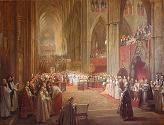










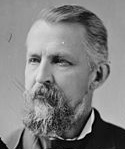



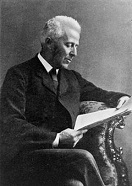








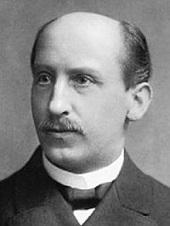


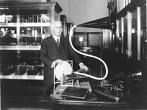


















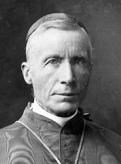





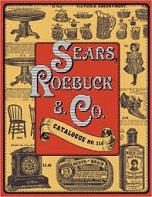

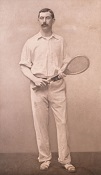

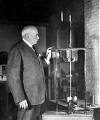








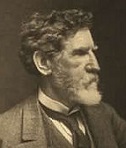
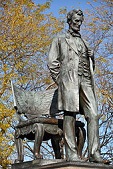

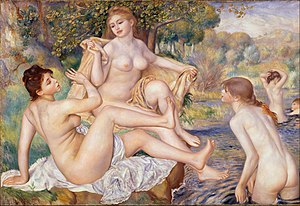
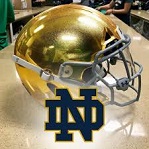
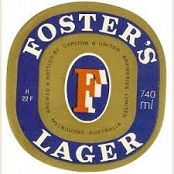
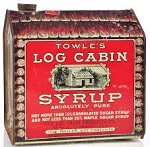
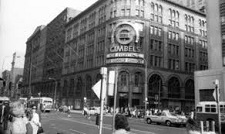
1887
On Jan. 20 the U.S. Senate approves an agreement to lease Pearl Harbor in Oahu, Hawaii as a naval base; on June 30 the
Hawaiian Rebellion of 1887
sees the white Honolulu Rifles along with the Reform Party of the Hawaiian Kingdom hold a meeting chaired by Sanford B. Dole to demand that King Kalakaua
dismiss his cabinet, and in early July they draft the Hawaiian Bayonet Constitution,
which is signed at gunpoint by the king on July 6, stripping him of most of his authority in favor of a new cabinet and a legislature, which never ratifies it; on Nov. 29
the U.S. receives rights to Pearl Harbor.
On Jan. 29 steamship Kapunda collides with bark Ada Melore off the coast of Brazil, killing 300.
In Jan. the Battle of Bulli in New South Wales, Australia sees mistreated coal miners battle blacklegs.
On Jan. 26 Ethiopian forces under Emperor Yohannes (John) IV (1831-89)
defeat the Italians at the Battle of Dogali near Massawa in modern-day Eritrea.
On Feb. 3 after leaving London last Jan. 21, the Emin Pasha Relief Expedition, led by Sir Henry Morton Stanley leaves Cairo to
rescue Gen. Charles "Chinese" Gordon's besieged gov. of Equatoria (S Sudan)
Mehmed Emin Pasha (Isaak Eduward Schnitzer) (nee Eduard Carl Oscar Theodor Schnitzer) (1840-92) begin,
traveling 100 mi. up the Aruwimi River in N Belgian Congo, rescuing Emin Pasha and returning via Lake Victoria on Aug. 15, 1889 after
Emin Pasha drunkenly falls out of a 2nd story window he thought was a balcony; in May 1890 Stanley returns to Europe a big hero, with his 900-page book "Darkest Africa" selling 150K copies; too bad,
by fall accusations of incompetence in the Rear Column end the praise, after which there are no more African expeditions not run by govts. in pursuit of military or political goals, or for purely
scientific purposes; in 1898-1900 a sleeping sickness epidemic in Congo, W Uganda, and S Sudan is blamed on native cattle traveling with the expedition.
On Feb. 4 after the 1886 U.S. Supreme Court Wabash case declares state Granger laws an unconstitutional attempt to control interstate commerce,
Pres. Cleveland signs the U.S. Interstate Commerce Act of 1887,
regulating the railroads via the Interstate Commerce Commission (ICC),
the first regulatory agency in the U.S. (abolished Jan. 1, 1996); chmn. #1 is former Mich. chief justice (1864-85)
Thomas McIntyre Cooley (1824-98).
On Feb. 8 the notorious U.S. Dawes General Allottment Act
is signed by Pres. Cleveland, attempting to Europeanize the Indians via private property ownership by breaking up reservations into private holdings,
opening surplus land to white settlement, ending up
as a way for whites to steal Indian land by swindling them one at a time instead of having to deal with a tribal leadership; by 1934 two-thirds
of all Indian lands are lost, and the number of landless Indians rises from 5K to 100K.
On Feb. 12 after encouragement by Bismarck, the First Mediterranean Agreement
between Britain and Italy, joined by Austria on Mar. 24 and Spain on May 4 is an interlocking set of notes providing for the maintenance of
the status quo in the Mediterranean, Adriatic, Aegean, and Black Seas;
Italy agrees to support British policy in Egypt, while Britain agrees to support Italian policy in N Africa; Britain and Austria agree to
community of interest in the Balkans; Spain agrees not to make an agreement with France over N Africa aimed at the others; the net result
is an agreement to common action in case France or Russia makes trouble in the Mediterranean - God only knows what I'd be without you?
On Feb. 21 a law establishing Labor Day
is passed in Ore., followed by Colo., Mass., N.J., and N.Y. this year, and 23 other states by 1894.
On Feb. 23 (6 a.m.) a 6.0 earthquake off the Mediterranean coast
of S France (French Riviera) and N Italy (Ligurian Coast) destroys villages and kills 2K - and that's God's answer?
On Mar. 1 Conservative Evaristo Carazo Aranda (1821-89)
becomes pres. of Nicaragua (until Aug. 1, 1889).
On Mar. 2 Pres. Cleveland signs the The U.S. Hatch Agricultural Experiment Station Act,
proving U.S. federal grants of $15K to state land-grant colleges to create agricultural experimentat stations.
On Mar. 3 after Pres. Cleveland refuses to sign it, the U.S. Edmunds-Tucker Act,
sponsored by U.S. Sen. (R-Vt.) (1866-91) George Franklin Edmunds (1828-1919)
(who introduced it on Dec. 8, 1885 on the same day as Pres. Cleveland's big anti-polygamy speech)
and U.S. Rep. (D-Va.) (1875-87) John Randolph Tucker (1823-97) comes into effect,
disincorporating the Church of Jesus Christ of Latter-day Saints and their Perpetual Emigration Fund, criminalizes the practice of polygamy, with
a fine of $500-$800 and up to five years in prison, and directs the confiscation of all church properties valued over $50K; in 1890 it is upheld by
the U.S. Supreme Court, and unless they ditch polygamy they're kaput?; repealed in 1978.
On Mar. 21 the U.S. Brewmasters Assoc. (USBA)
is founded in Chicago, Ill, "to make the interests of the brewing industry its own"; the business language is German; in 1888
it has 229 members, and in 1898 352 members; in 1912 it becomes the Master Brewers' Assoc. of the United States, and in 1933 the
Master Brewers Assoc. of Am. (MBAA); in 1948 it creates the MBAA Research Foundation, and after a meeting on Jan. 13, 1950 with
the Small Brewers Assoc., it is scrapped, and on Jan. 9, 1952 the Brewing Industries Research Inst. is founded, with charter
members incl. the Am. Society of Brewing Chemists (founded Oct. 12, 1934) and the Barley and Malt Inst., later the
Dominion Brewers Assoc. of Canada; it is dissolved on Jan. 31, 1969.
On Apr. 3 Stewartville, Minn.-born railroad station agent
Richard Warren Sears (1863-1914)
of North Redwood, Minn., who began buying pocket watches from a Chicago, Ill. jeweler to resell by
mail last year before moving to Chicago, Ill. and placing an ad hires Lafayette, Ind.-born watchmaker
Alvah Curtis Roebuck (1864-1948),
and pub. his first mail-order catalog in 1888; in 1893 they incorporate
Sears, Roebuck and Co.,
becoming one of the top U.S. retailers, opening its first retail store in Chicago in 1925
after Roebuck gets Sears to buy him out in 1895 for $20K, and goes on to become pres. of
Emerson Typewriter Co. in 1909-24; in fall 1913 the
Kenmore
brand name is first used on sewing machines, expanding to washing machines in 1927,
vacuum cleaners in 1932, ranges in 1946, dishwashers in 1951, washer-dryer combos in 1957,
microwave ovens in 1971, and continuous-cleaning ceramic cooktop ranges in 1973; Sears
eliminates its mail-order catalog in 1993; after Sears becomes enormously wealthy, leaving a
$25M fortune in 1914, Roebuck answers queries with "He's dead. Me, I never felt better."
On Apr. 5 after attempting in vain to stop the First Vatican Council from promulgating the
doctrine of papal infallibility by travelling to Rome, British Roman Catholic historian-politician
John Emerich Edward Dalberg-Acton, 1st Baron Acton (1834-1902)
AKA Lord Acton writes a letter to Anglican Cambridge U. historian
Mandell Creighton (1843-1901)
containing the immortal soundbyte: "Power tends to corrupt, and absolute power corrupts absolutely";
"But if we might discuss this point until we found that we nearly agreed, and if we do
agree thoroughly about the impropriety of Carlylese denunciations and Pharisaism in history,
I cannot accept your canon that we are to judge Pope and King unlike other men, with a
favourable presumption that they did no wrong. If there is any presumption it is the other
way, against the holders of power, increasing as the power increases. Historic responsibility
has to make up for the want of legal responsibility. Power tends to corrupt, and absolute
power corrupts absolutely. Great men are almost always bad men, even when they exercise
influence and not authority, still more when you superadd the tendency or the certainty
of corruption by authority. There is no worse heresy than that the office sanctifies the
holder of it. That is the point at which the negation of Catholicism and the negation of
Liberalism meet and keep high festival, and the end learns to justify the means. You would
hang a man of no position like Ravaillac; but if what one hears is true, then Elizabeth
asked the gaoler to murder Mary, and William III ordered his Scots minister to extirpate
a clan. Here are the greatest names coupled with the greatest crimes; you would spare those
criminals, for some mysterious reason. I would hang them higher than Haman, for reasons
of quite obvious justice, still more, still higher for the sake of historical science."
On Apr. 10 the Catholic U. of Am. (CUA)
in Washington, D.C. is established on 66 acres of land next to the Old Soldiers Home; on Mar. 7, 1889 Pope Leo issues the encyclical Magni Nobis, granting it a charter,
with the mission of the instruction of Roman Catholicism and human nature together at the graduate level; on May 24, 1888 Pres. Cleveland attends the laying of the cornerstone
of Divinity (Caldwell) Hall; Bishop John Joseph Keane (1839-1918)
is appointed as the first rector (until 1897), after which he goes to the Vatican until 1900,
then becomes archbishop of Dubuque, Iowa; Cardinal (1888-) James Gibbons (1834-1921)
becomes the first chancellor.
On Apr. 25 after he believes claims that the Turkish govt. had located it in 1883, Persian Nestorian archdeacon of Babylon
Prince Nouri (-1894)
claims to see Noah's Ark on 17K-ft. Mt. Ararat in extreme E Turkey; too bad, he dies while trying to organize financial support at the 1893 Chicago World's Fair, taking the secret route to the grave.
In Apr. the First Colonial Conference
opens in London, and on June 21 Zululand
is annexed by Britain, and King Dinizulu is banished to St. Helena - chained to that rock?
In Apr. Amarillo, Tex. (Sp. "Yellow") (200K/276K) (originally Oneida) ("the Yellow Rose of Tex.")
in the Tex. Panhandle is founded by J.I. Berry along the Fort Worth and Denver City Railroad; on Aug. 30 it becomes the seat of Potter County; by the late 1890s the
town becomes one of the busiest cattle-shipping points on Earth; in 1918 natural gas is discovered, followed by oil in 1921; in 1927 the U.S. govt. acquires the
Cliffside Gas Field, and in 1929 the Federal Bureau of Mines begins operating the Amarillo Helum Plant, becoming the sole producer of helium on Earth, earning it
the nickname "Helium Capital of the World"; it goes on to become a major meat-packing site, and the home of Pantex nuclear weapons assembly facility, giving it the nickname "Bomb City".
On May 23 Vancouver becomes the W terminus of the 2,880-mi. Canadian Pacific Railway, beginning in Montreal.
In May Geronimo is reunited with his family and transferred to Mt. Vernon Barracks in Ala. (until 1892).
On June 20 her popularity ascendant for the rest of her reign, Queen Victoria celebrates her
Golden Jubilee
(50th anniv. as queen) at a "family dinner" at Buckingham Palace attended by 50 Euro kings and princes
after a breakfast under the trees at Frogmore where her dear Prince Albert was canned;
Prince Wilhelm (II) attends the Golden Jubilee celebration of his grandmother Queen Victoria,
escorted by the new torpedo boats developed by up-and-coming naval Lt. Cmdr.
Alfred Peter Friedrich von Tirpitz (1849-1930),
later calling his time with torpedo boats (1876-88) as "the eleven best years of my life";
Abdul Karim (1863-1909),
an Indian Muslim servant brought over to mark the jubilee becomes her close friend
and is promoted to the unique title of "Queen's Munshi", and later her Indian secy., teaching her the Kama Sutra, er, Urdu; their
relationship might have been sexual like with John Brown?;
Francis Millen
of the U.S.-based Clan na Gael movement (founded 1867) plots to assassinate Queen Victoria at her Golden Jubilee ceremony at Westminster Abbey,
but the police uncover the plot and he flees to the U.S., where he dies.
On June 23 the Rocky Mountains Park Act, modeled on the U.S. Yellowstone Park Act is enacted by the
Canadian parliament, establishing Rocky Mountains Park (later Banff Nat. Park).
On July 7 Prince Ferdinand of Saxe-Coburg-Gotha is elected king Ferdinand I (1861-1948)
of Bulgaria (until Oct. 31 1918), making his main man Stefan Stambulov his PM (until 1894), who wields all the power and
becomes a dictator, working unsuccessfully to get Ferdy recognized by the Euro powers.
In Aug. the Ute War,
the last major Indian uprising in the U.S. sees white settlers start it by attacking the Utes in their camp on the White River in Colo.,
after which Colo. gov. Adams sends the militia, and after the Indians hold a war powwow then back down and decide to retreat back to their
Utah rez, the Colo. boys decide it's time to feel free, and ambush them on Aug. 25 in their camp across the Colo.-Utah line, after which the
survivors straggle back to their Utah rez like mangy dogs - and now the White is Right U.S. is all set for the Gay Nineties?
On Oct. 14 Pomona College
is founded in Claremont, Calif. 35 mi. E of Los Angeles and 25 mi. W of San Bernardino as a clone of small New England colleges, with
a board of trustees from Williams, Dartmouth, Bates, and Yale Colleges, later joining
graduate-level Claremont College (founded 1925)
and becoming part of the Claremont Colleges, all located within a 1 sq. mi. area, incl. the 5Cs (undergrad colleges) Pomona College,
Scripps College (1926) (women only),
Claremont McKenna College (1946) (economics, govt., public affairs),
Harvey Mudd College (1955) (STEM), and
Pitzer College (1963) (alternative interdisciplinary social sciences).
On Oct. 31 after prominent Denver citizens raise money and donate land to attract interest,
Fort Logan (originally Fort Sheridan until Apr. 5, 1889) U.S. Army base is established 8 mi. SW of Denver, Colo.,
with the first soldiers from Kansas Territory camping in 26 tents; it closes in 1946 and becomes a mental health center and
Fort Logan Nat. Cemetery.
On Nov. 13 (Sun.) Bloody Sunday
in Trafalgar Square, London starts as a demonstration by 10K organized by the Irish Nat. League and Social Dem. Federation against coercion
in Ireland and a demand for the release of MP William O'Brien, until 2K police and 400 troops arrive and kick their butts, killing three and
injuring hundreds; future Labor PM Ramsay MacDonald (b. 1866) witnesses it, and pub. the pamphlet
Remember Trafalgar Square: Tory Terrorism in 1887.
On Nov. 15 British steamship Wah Young
catches fire and sinks between Canton and Hong Kong, killing 400.
On Nov. 16 Vanuatu
(New Hebrides) is put under joint English-French rule (until July 30, 1980).
On Dec. 3 Marie Francois Sadi Carnot (1837-94)
becomes pres. #4 of the Third French Repub. (until June 25, 1894).
On Dec. 25 after converting from Christianity to Islam, English solicitor
Abdullah (William Henry) Quilliam (1856-1932),
son of a Methodist preacher founds the Liverpool Muslim Inst.,
going on to convert 150+ English people to Islam and build Britain's first mosque
at 8 Brougham Terrace in 1889.
In Dec. Pres. Cleveland devotes his entire
3rd Annual Message to Congress
to arguments for tariff reform and freer trade, launching the
Great Debate of 1888,
with Repubs. siding with protectionism.
In Dec. after Alexander Ulyanov (b. 1866),
elder brother of Vladimir Lenin is executed for a plot to assassinate Tsar Alexander III, he is expelled from Kazan U. for
taking part in a student political meeting, and by next year is a hardened survivor Marxist.
Russia and Germany sign the Reinsurance Treaty,
promising neutrality by each state if the other is attacked (ends 1890).
Britain passes the Merchandise Marks Act,
requiring "Made in Germany" marks in an attempt to create a stigma.
Pres. Cleveland, having resisted congressional demands to produce all
documents pertaining to pres. dismissals and appointments obtains repeal
of the 1867 Tenure of Office Act which they stretched to make their demands.
Gen. Georges Boulanger stages an unsuccessful coup in Paris.
Francesco Crispi (1819-1901),
former pres. of the chamber of deputies (1876) and interior minister (since 1877), who worked with Giuseppe Mazzini in
1848 and Giuseppe Garibaldi in 1860, and entered the Italian legislature as an extreme radical, only to turn reactionary
and monarchist, tops off his career by becoming PM of Italy (until 1891), going on to suppress rev. groups, court Germany
and Austria against France, and support Italian imperialism in Ethiopia - his brain became extra crispi?
Britain and France agree to cooperate in maintaining order in the New Hebrides (formalized in 1906).
Wilfrid Laurier (b. 1841) becomes leader of the Canadian Liberal Party (until 1919).
Luis Bogran of the Progressive Party is reelected as pres. of Honduras (until 1891), causing a division among liberal caudillos.
The Union Indochinoise
is organized by France out of the protectorates of Annam and Tongking in Vietnam.
A German-backed coup on Samoa
led by chief Malietoa (one of the four paramount chiefs) is a success; next year chief Mataafa revolts and is exiled to the Marshall Islands; meanwhile the U.S. and Britain get pissed-off.
Switzerland passes a factory law that enforces an 11-hour day with Sundays off, prohibits child labor under age 14, and regulates work by women.
Susanne Madora Salter (1860-1961)
is elected mayor of Argonia, Kan., becoming the first female mayor in the U.S.
The wannabe U.S. state of Cimarron,
consisting of the panhandle of Okla. is organized as Gray County (until 1890).
Eatonville, Fla.
is incorporated on Aug. 15, becoming one of the first incorporated towns in the U.S. populated and governed by African-Ams.;
the setting for native Zora Neale Hurston's novel "Their Eyes Were Watching God".
The St. Paul and Pacific Railroad reaches Great Falls, Mont.
Amory, Miss.
is founded by the Kansas City, Memphis & Birmingham Railroad, becoming the first planned city in Miss.
The 1-room Hygienic Lab.
at the U.S. Marine Hospital on Staten Island, N.Y. is founded under East Bend, N.C.-born asst. surgeon
Joseph James Kinyoun (1860-1919)
to apply the new science of bacteriology to federal quarantine work, with Kinyoun as dir. #1 (until 1899);
in 1891 it moves to Washington, D.C., and in 1902 assumes regulatory responsibility for licensing vaccines
and antitoxins, adding noninfectious diseases in 1912, and in 1930 becomes the
Nat. Institutes of Health.
Tsar Alexander III decrees universal conscription in the Caucasus, causing the Dukhobors conscientious objector sect to be violently persecuted.
Baron Hirsch of England donates $10M for Jewish schools in Russia.
The city of Whittier, Calif. near Los Angeles, named after Am. Quaker poet John Greenleaf Whittier (modern-day pop. 86K)
is founded by Jonathan Bailey, whose Quaker meetings on his front porch attract Quaker settler, who build a meeting house along with
Whittier College (originally Whittier Academy); it is incorporated at Feb. 25, 1898;
the college is chartered by Calif. in 1901; sports teams are known as the Poets; alumni incl. U.S. pres. Richard M. Nixon.
The Bodley Head
pub. co. (named after a bust of Sir Thomas Bodley of Bodleian Library, of Oxford fame) is founded in England by
John Lane (1854-1925) and
Charles Elkin Mathews (1851-1921),
going on to pub. works of "stylish decadence", incl. "The Yellow Book".
Pope Leo XIII beatifies martyred English politician
Sir Thomas More (1478-1535) (canonized 1935).
English poet Wilfrid Scawen Blunt (1840-1922)
is imprisoned for activities in support of home rule for Ireland; he also supports the cause of nationalism in Egypt and India.
Irish poet William Butler Yeats settles in London, becoming friends with British poets
William Ernest Henley (1849-1903), William Morris (1834-96), and Arthur Symons (Welsh).
The Hermetic Order of the Golden Dawn
is founded in England by three former Rosicrucians and Freemasons, attracting many scholarly eccentric celebs to its ranks incl.
poets W.B. Yeats and Dion Fortune, writers Arthur Machen and Algernon Blackwood, and actress Florence Farr; black magic adept Aleister Crowley
also joins, until he is expelled for being too serious, the rest preferring their magic white (if not their meat?); in 1900 there is a scandal,
causing the order to split into the
Rosicrucian Order of Alpha et Omega (A.O.)
and the Hermetic Society of the Morgenrothe, which schisms into the
Stella Matutina (Morning Star),
the Fellowship of the Rosy Cross,
and the Society (Fraternity) of the Inner Light,
which in 1965 spawns the Servants of the Light.
Pres. Cleveland meets 5-y.-o. Franklin Delano Roosevelt at the White House with his parents; says Cleveland to FDR, "I am making a strange wish
for you. It is that you may never be president of the United States."
Record 15-in.-diam. 8-in.-thick snowflakes fall in
Montana.
Melvil Dewey founds the first library school at Columbia U. in New York City.
Clark U.
in Worcester, Mass. is founded, becoming the first all-graduate univ. in the U.S.
Imperial Inst.
is opened by Queen Victoria to promote scientific research benefiting Britain's colonies and dominions; on July 8, 1907
Imperial College London
in the Royal Borough of Kensington and Chelsea, London, England is formed from the merger of the
Royal School of Mines (founded 1851),
Royal College of Science (founded 1881), and
City and Guilds College (founed 1878),
joining the U. of London; in 2007 it leaves the U.. of London.
The Am. Assoc. of Public Accountants
is founded; renamed to Am. Inst. of Accountants in 1916 and Am. Inst. of Certified Public Accountants in 1957.
The U. of Penn. Museum of Archaeology and Anthropology
is founded in Philly.
Polish pianist
Ignace Jan Paderewski (1860-1941)
makes his debut in Vienna, followed by Paris in 1889, and a U.S. tour in 1891 - and the people love him?
The Charity Society
(later United Way) is formed in Denver, Colo. out of 22 charities.
Andre Antoine (1858-1943)
founds
Theatre Libre
in Paris (until 1896).
John Wesley Edward Bowen (1855-1933)
becomes the first African-Am. to earn a Ph.D. from a U.S. univ., Boston U.; his advisor is philosopher
Borden Barker Bowne.
French astronomer
Camille Flammarion (1842-1925)
founds the French Astronomical Society.
The term "New Journalism" is coined by English critic
Matthew Arnold (1822-88)
to describe muckraking Pall Mall Gazette ed.
William Thomas Stead (1849-1912),
paving the way for the modern tabloid.
The word "sneaker"
is first used in the Boston Journal of Education, which says it's "the name boys give to tennis shoes";
in 1917 Henry Nelson McKinney of N.W. Ayer & Son advertising agency claims to coin it.
The synthetic universal 2nd language Esperanto ("Hopeful")
is pub. Russian-Polish Jewish physician
Ludwig Lazarus Zamenhof (1859-1917);
nouns have no gender and end with "o".
U.S. medical authorities diagnose childhood lead poisoning.
Florida Agricultural and Mechanical (A&M) U. (FAMU)
(originally State Normal College for Colored Students, Florida Agricultural and Mechanical College for Negroes)
in Tallahassee, Fla. is founded, becoming the 3rd largest black univ. in the U.S.
Nicholas Murray Butler et al. found the New York School for the Training of Teachers,
which later becomes Teachers College at Columbia U.
Roman Catholic Jesuit Gonzaga U.
in Spokane, Wash. is founded on Sept. 17 by Sicilian-born Father
Joseph Cataldo (1837-1928),
and named after St. Aloysius Gonzaga.
William Randolph Hearst (1863-1951)
takes over his father's newspaper the San Francisco Examiner,
giving it the motto "Monarch of the Dailies", and hiring top writers incl. Mark Twain and John London.
French historical school economist Charles Gide (1847-1932)
(Leon Walras follower) et al. found Revue d'Economie Politique.
Thomas Edison and Joseph Wilson Swan collaborate to produce
Ediswan electrical lamps.
The Austrian Brewers' Union
is founded in Vienna, Austria.
Irish-Am. brothers William M. Foster and Ralph R. Foster found Foster's Brewery
in Melbourne, Australia to produce Foster's Lager,
using water from the Yarra River, launching brewing operations next Nov. and offering it to the public in Feb. 1889; in 1901
it is first exported for use by Australian troops in the Boer War; in 1907 it merges with Carlton Brewery; in 1958 steel cans
are introduced; in 1971 it is exported to the U.K., followed by the U.S. in 1972 - the taste really comes from a dash of alligator piss?
In 1887 Bavarian Jewish immigrant Adam L. Gimbel
(having seven sons to support) founds Gimbels (Gimbel Brothers)
department store in Vincennes, Ind., which moves to Milwaukee, Wisc. and becomes #1,
expanding to Philly in 1894, and New York City in 1910, becoming the rival of Macy's, whose
store is across the street in Herald Square, Manhattan, with the motto: "Select, don't settle", causing
the saying "Would Macy's tell Gimbels?"; in 1920 it founds the Gimbels Thanksgiving Day Parade
in Philly, beating Macy's by four years; in 1922 it goes public, acquiring Saks 34th St. in 1923,
which launches Saks Fifth Avenue
(founded 1898); in 1925 it expands to Pittsburgh, Penn.
Forest Lake, Minn. grocer
Patrick James Towle (1835-1912)
begins marketing Log Cabin Syrup,
named after his childhood hero Abe Lincoln; in 1927 it is acquired by Gen. Foods,
which in 1990 merges with Kraft, who sells it in 1997 to Aurora Foods.
Paul Gaugin works on the French-run Panama Canal project.
Lick Observatory
on Mount Hamilton E of San Jose, Calif. is founded from a bequest left by
James Lick (1796-1876) (wealthiest man in Calif.),
whose body is buried under the site; the 36-in. lens is ground by Am. astronomer
Alvan Clark (1804-87),
who goes on to grind the 40-in. lens for Yerkes Observatory.
Jenolan Caves,
in N.S.W., Australia, originally known as Binoomea ("dark places") gets electric lighting.
Sports:
On Jan. 6-Mar. 11 the first 1887 Amateur Hockey Assoc. of Canada (AHAC) Season
sees the Montreal Crystals win with a 6-1 record.
On June 9 the Belmont Stakes features only two horses for the first of 5x (1888, 1892, 1910, 1920).
After a trip to Scotland, John Mickel Fox
of Philadelphia, Penn. introduces golf to the U.S. with the Foxburg Country Club; it was really J. Hamilton Gillespi in 1886 with the Sarasota Golf Club in Fla.?
Ellen Forde Hansell (Hansel) (1869-1937)
wins the first U.S. Open women's singles title; next year she loses to
Bertha Louise Townsend Toulmin (1869-1909),
who discovers the underhand technique and wins again in 1889.
Peter Walker Latham (1865-1953)
of England wins the world racquets title (until 1902), going on to win the world tennis title in 1895-1905 and 1907-8.
Canadian left fielder Edward James "Tip" O'Neill (1858-1915)
becomes the first player in AL history to win baseball's triple crown, with a .435 batting avg., 14 homers, and 123 RBI.
Baseball player Mike "King" Kelly
signs with the Boston Beaneaters, stunning the world with his huge $10K a year salary.
The Notre Dame Fighting Irish football team has its first season, going on to win 11/13/21
nat. championships, seven Heisman Trophy winners, 101 consensus All-Americans, 52 College Football Hall of Fame members, 13 NFL Hall of Fame members, 495 players selected
by the NFL Draft (#2 after USC), and hold the highest all-time win percentage in college football (0.729) and 2nd most wins (908); starting in 1991 all its home games are
televised by NBC-TV, becoming the only school; players wear navy jerseys and cool golden helmets.
The Am. Horse of the Year Award
is founded for the most outstanding racehorse regardless of age.
Inventions:
On Nov. 8 German immigrant Emile Berliner (1851-1929)
patents the Gramophone
in Washington, D.C., which uses cylinders, which he upgrades to discs in 1888, and begins marketing in Europe
in 1889 to toy companies while he works to improve audio quality; musicians now have to struggle with copyright
pirates like authors do?
Charles Francis Brush (1849-1929) d
esigns the first windmill to power electric lights for his mansion in Cleveland, Ohio, complete with
144 blades, which operates for 12 years.
Stephen Dudley Field and Rudolf Eickemeyer invent an electric locomotive.
William Horlock
of Racine, Wisc. invents malted milk.
Science:
German chemists first synthesize Amphetamines;
the analgesic drug Phenacetin is discovered.
German chemist Rainer Ludwig Claisen (1851-1930)
pub. the Claisen Condensation,
a reaction between two esters or one ester and a carbonyl compound (activated methylene group) in the presence of a strong base, yielding
a beta-keto ester or a beta-diketone after forming a carbon-carbon bond.
In 1890 he pub. the Claisen Reaction,
the synthesis of cinnamates by reacting aromatic aldehydes with esters; in 1912 he discovers the
Claisen Rearrangement
of allyl phenyl ether by heat, becoming the first known [3,3]-sigmatropic rearrangement.
German physicist Heinrich Rudolf Hertz (1857-94)
observes that a spark jumps a gap more easily when the electrodes are illuminated by light from another spark gap, becoming
the first observation of the photoelectric effect, which Einstein finally explains in 1905 by proposing that radiation is quantized,
and when light quanta hit metal they overcome the attractive potential holding electrons in, and convert their remaining energy into kinetic energy
of the ejected electrons.
After Polish-Am. physicist Albert Abraham Michelson (1852-1931)
makes an experimental determination of the Earth's speed through the ether in Potsdam in 1881, and the results (zero) are so unexpected that
he repeats the experiments in Cleveland, Ohio in partnership with
Edward Williams Morley (1838-1923),
the results of the Michelson-Morley Experiment
throw the physics world on its head with its apparent proof of the non-existence of Leibniz's stationary
ether (aether)
(or the disturbing conclusion that the Earth carries the ether along with it); the world must wait for Einstein to figure out that instead of
time and space being invariant and the speed of light variable, it's the other way around, and both
space
and time are variable (relative to inertial speed).
German chemist Friedrich August "Fritz" Raschig (1863-1928)
develops the Raschig Process
for production of hydrazine from organic compounds via oxidation of ammonia with sodium hypochlorite.
German chemist Friedrich Otto Schott (1851-1935)
begins the development of borosilicate glass (ends 1893),
which can take heat and thermal shock and resist chemicals.
English paleontologist Harry Govier Seeley (1839-1909)
discovers a dichotomy in the classification of dinosaurs because of different pubic bones, causing him to divide them into the bird-hipped Ornithischia
and the lizard-hipped Saurischia.
Nonfiction:
Oscar Browning (1837-1923), England and Napoleon in 1803, Being the Despatches of Lord Whitworth and Others;
The Teaching of History in Schools;
an address delivered to the Royal Historical Society on Oct. 22, 1877.
George Sewall Boutwell (1818-1905) (ed.),
United States Revised Statutes, 2nd Ed..
Sir Sidney Colvin (1845-1927) (ed.), Letters of Keats to His Family and Friends;
a lit. feast; a more complete ed. is pub. in 1931.
Anthony Comstock (1844-1915), Gambling Outrages;
Morals Versus Art - you tell 'em, Tony?
Francis Darwin (1848-1925) (ed.),
The Life and Letters of Charles Darwin [1809-82], Including an Autobiographical Chapter (3 vols.);
More Letters of Charles Darwin is pub. in 1905.
Alphonse Daudet (1840-97), Trent Ans de Paris (Thirty Years in Paris).
Hans Delbruck (1848-1929), The Persian and Burgundian Wars.
Albert Venn Dicey (1835-1922), The Privy Council - takes it out of the water closet?
Ignatius Loyola Donnelly (1831-1901), The Shakespeare Myth;
claims that Sir Francis Bacon is the real Shakespeare.
Julius A. Dresser (1838-93), The True History of Mental Science;
accuses Mary Baker Eddy of stealing Phineas Quimby's ideas, and claims that he formalized the
New Thought
movement and promoted it nationally; after suing Eddy in the 1890s and losing, his wife Annetta Seabury and son Horatio continue with the crusade.
William C. Endicott, Immigration Laws of the United States, State and National.
Arne Garborg (1851-1924), The New Norwegian Language and the National Movement; advocates landsmaal along with Norwegian nat. culture.
Archibald Geikie (1835-1924), The Teaching of Geography.
Asa Gray (1810-88), The Elements of Botany for Beginners and for Schools.
Oliver Wendell Holmes Sr. (1809-94), One Hundred Days in Europe.
Thomas Henry Huxley (1825-95), On the Reception of the Origin of Species; ed. by Francis Darwin.
Kaufmann Kohler (1843-1926), Ethical Basis of Judaism.
George Trumbull Ladd (1842-1921), Elements of Physiological Psychology;
first Am. textbook with substantial info. on experimental psychology.
Andrew Lang (1844-1912), Myth, Ritual and Religion; how the irrational elements of mythology are survivals of the most primitive forms.
James Laurence Laughlin (1850-1933), Gold and Prices Since 1873.
John Knox Laughton (1830-1915), Studies in Naval History: Biographies.
Arthur Lillie (1831-1911), Buddhism in Christendom, or Jesus the Essene;
"At any rate the account of the last supper in the Gospel of the Hebrews was manifestly quite different from the accounts given in our present gospels. There we see nothing about James drinking
out of Christ's cup, a fact which proves that the contents of the cup must have been water, for St. James was bound by the vow of the Nazarite to drink water for life."
Joseph Norman Lockyer (1836-1920), The Chemistry of the Sun.
Halford Mackinder (1861-1947), On the Scope and Methods of Geography;
manifesto for the New Geography, getting him appointed as the first reader in geography at Oxford U.
John Bach McMaster (1852-1932), Benjamin Franklin as a Man of Letters.
Max Mueller (1823-1900), The Science of Thought.
Eadweard Muybridge (1830-1904), Animal Locomotion (11 vols.);
contains 100K photographic plates.
Friedrich Nietzsche (1844-1900), On the Genealogy of Morality (Zur Genealogie der Moral).
K. Norgate, England under the Angevin Kings (2 vols.).
Margaret Oliphant (1828-97), The Makers of Venice.
Sir Frederick Pollock (1845-1937), The Law of Torts.
Ernest Renan (1823-92), History of the People of Israel Till the Time of King David (5 vols.) (1887-93).
William Sharp (1855-1905), Life of Percy Bysshe Shelley.
Ferdinand Tonnies (1855-1936), Gemeinschaft und Gesellschaft (Community and Society).
David Whitmer (1805-88), An Address to All Believers in Christ
blasts all other branches of the LDS movement but the Whitmerite church, which goes kaput again in the 1960s.
Levi Walter Yaggy, Geographical Study;
introduces cool maps in hopes of sparking an educational rev.
Charlotte Mary Yonge (1823-1901), The Victorian Half Century.
Ludwig Lazarus Zamenhof (1859-1917), International Language: Foreward and Complete Textbook; pub. under alias "Doktoro Esperanto" (Doctor Hopeful).
Music:
Isaac Albeniz (1860-1909), Spanish Rhapsody.
Eugen d'Albert (1864-1932), String Quartate No. 1 in A minor, Op. 7.
Alexander Borodin (1834-87), Prince Igor (opera) (1869-87) (unfinished); completed by Nikolai Rimsky-Korsakov (1844-1908)
and Alexander Glazunov in 1890.
Anton Bruckner (1824-96), Symphony No. 5 in B flat major (Vienna) (Apr. 20);
Te Deum.
Emmanuel Chabrier (1841-94), Le Roi Malgre Lui (opera) (Paris).
Frederick Delius (1862-1934), Florida Suite.
Antonin Dvorak (1841-1904), The Jacobin (1887-8) (opera).
Sir William Schwenck Gilbert (1836-1911) and Arthur Sullivan (1842-1900),
Ruddigore (London) (comic operetta #10).
Sir Hubert Parry (1848-1918), Blest Pair of Sirens; makes him the #1 English choral composer.
Nikolai Rimsky-Korsakov (1844-1908), Capriccio Espagnol, Op. 34.
Sir John Stainer, The Crucifixion (oratorio).
Richard Strauss (1864-1949), Aus Italien (Munich).
Franz von Suppe (1819-95), Bellman (operetta) (Theater an der Wien, Vienna) (Feb. 26).
Giuseppe Verdi (1813-1901), Otello (opera)
(Feb. 5) (Teatro alla Scala, Milan); libretto by Arrigo Boito; based on Shakespeare's "Othello", with Desdemona's father Brabantio omitted; his #1 masterpiece?
Charles-Marie Widor (1844-1937), Symphony No. 5 for Organ;
Symphonies No. 6-8 for Organ.
Art:
Marie Bracquemond (1840-1916), Under the Lamp.
Julius Clover (1850-1924), Winter Landscape.
John Collier (1850-1934), Lilith.
James Ensor (1860-1949), The Temptation of St. Anthony.
Vincent van Gogh (1853-90), Moulin de la Galette.
Charles Edward Halle (1846-1914), Francesca and Her Lute.
 Pierre-Auguste Renoir (1841-1919), Les Grandes Baigneuses (The Large Bathers) (1884-7);
models incl. blonde Aline Charigot (whom he marries in 1890) and Suzanne Valadon; despite working for three years to perfect it, the critics pan it, causing him to give it up.
Marie Spartali Stillman (1844-1927), The May Fest at the House of Folco Portinari.
Plays:
Hermann Bahr (1863-1934), The New People (Die Neuen Menschen).
David Belasco (1853-1931) and Henry Churchill de Mille (1855-93),
The Wife.
Anton Chekhov (1860-1904), Ivanov (first play).
Alexandre Dumas fils (1824-95), Francillon.
Bronson Crocker Howard (1842-1908), The Henrietta;
satire on the U.S. business world; rev. in 1913 as "The New Henrietta".
Steele MacKaye (1842-94), Paul Kauvar; or, Anarchy.
Catulle Mendes (1841-1909), La Femme de Tabarin.
William Quiller Orchardson (1832-1910), The First Cloud.
Arthur Wing Pinero (1855-1934), Dandy Dick.
Victorien Sardou, La Tosca.
Giovanni Segantini (1858-99), Baba Uffer in Grison Costume.
August Strindberg (1849-1912), The Father (drama).
Poetry:
William Allingham, Irish Songs and Poems.
Robert Browning (1812-89), Parleyings with Certain People of Importance in Their Day.
Svatopluk Cech (1846-1908), Morning Songs.
Louise Imogen Guiney, The White Sail and Other Poems.
Robert Hamerling (1830-89), Blatter im Winde.
Oliver Wendell Holmes Sr. (1809-94), Before the Curfew and Other Poems.
Stephane Mallarme (1842-98), Poesies (Poésies).
Joaquin Miller (1837-1913), Songs of the Mexican Seas.
Sir Lewis Morris (1833-1907), Songs of Britain.
Charles G.D. Roberts (1860-1943), In Divers Tones.
Edward Rowland Sill (1841-87), Poems.
Algernon Charles Swinburne (1837-1909), Locrine.
Katharine Tynan (1861-1931), Shamrocks.
Viktor Vasnetsov (1848-1926), Virgin and Child.
Comte Auguste Villiers de l'Isle-Adam (1838-89), Tribulat Bonhomet.
Novels:
Emilia Pardo Bazan (1851-1921), La Madre Naturaleza (Mother Nature);
sequel to "Los Pazos de Ulloa".
Walter Besant (1836-1901), The World Went Very Well Then
(3 vols.).
Richard Doddridge Blackmore (1825-1900), Springhaven.
Leon Bloy (1846-1917), Le Desespere (The Despairing);
fierce Roman Catholic attack on Rationalism, turning the French intelligentsia against him.
Mary Elizabeth Braddon (1837-1915), Cut by the County.
Fernan Caballero (1797-1877), Clemencia.
Hall Caine (1853-1931), The Deemster.
Carlo Collodi (1826-90), Storie Allegre.
Julian Corbett (1854-1922),
For God and Gold;
"Calling on the ailing age to eschew the sins and imitate the virtues of Mr. Jasper Festing.... especially
his connection with the beginning of the Puritan Party, together with a relation of his voyage to Nombre de Dios
under that renowned navigator, the late Sir Francis Drake, Knight, written by himself, and first set forth".
Marie Corelli (1855-1924), Thelma.
Moncure D. Conway (1832-1907),
Pine and Palm: A Novel (2 vols.).
Lodewijk van Deyssel (1864-1952), Een Liefde.
Arthur Conan Doyle (1859-1930),
A Study in Scarlet;
introduces Sherlock Holmes (based on Edinburgh surgeon Dr. Joseph Bell, and named for U.S. Supreme Court
justice Oliver Wendell Holmes Jr. and cricket player Sherlock), who wears a deerstalker hat and an
Inverness cape, lives at 221B Baker St. in London, has a trusty sidekick named Dr. John H. Watson
(who marries his 2nd wife Mary Morstan on May 1, 1889 in Camberwell), plays a 500-guinea Stradivarius violin,
likes 7% solution cocaine and morphine, uses the alias Stanley Sigurdson, and applies techniques from the
emerging science of forensics to solve the most intractable crimes; Doyle receives £25 for it; Holmes is modeled
on Scottish forensic surgeon Joseph Bell (1837-1911);
the first person to play Holmes on stage is
Charles Hallam Elton Brookfield (1857-1913).
Frederik Willem van Eeden (1860-1932), De Kleine Johannes.
Mary Eleanor Wilkins Freeman (1852-1930), A Humble Romance and Other Stories;
New England life.
H. Rider Haggard (1856-1925),
She;
no substitute for ma and order?;
Jess;
Allan Quatermain;
A Tale of Three Lions.
Thomas Hardy (1840-1928), The Woodlanders.
Margaret Wolfe Hungerford (1855-97), A Modern Circe;
The Duchess.
J.K. Huysmans (1848-1907),
Un Dilemme;
En Rade;
a summer in the country; a flop.
Richard Jefferies (1848-87), Amaryllis at the Fair.
Andrew Lang (1844-1912) and Walter Herries Pollock, He.
Emily Lawless (1845-1913),
Major Lawrence FLS.
Nikolai Leskov (1831-95), Pamphalon the Mountebank.
Pierre Loti (1850-1923),
Madame Chrysantheme;
big hit (25 eds. in first five years); short-term marriages of Frenchmen with Japanese rashamen (concubines);
basis of Andre Messager's 1893 opera "Madame Chrystantheme", and Giacomo Puccini's 1904 opera
"Madama Butterfly"; "I shall choose a little yellow-skinned woman with black hair and cat's eyes. She must be pretty.
Not much bigger than a doll."
Propos d'Exil.
Guy de Maupassant (1850-93), Mont-Oriol;
Le Horla.
Conrad Ferdinand Meyer (1825-98),
The Temptation of Pescara.
Thomas Nelson Page (1853-1922),
In Ole Virginia;
incl. Marse Chan,
Meh Lady.
Walter Herries Pollock (1850-1926) and Andrew Lang (1844-1912),
He.
Henrik Pontoppidan (1857-1943),
The Polar Bear
(Isbjornen); a liberal vicar in Greeland takes on the provincial clergy.
Arthur Quiller-Couch (1863-1944),
Dead Man's Rock.
Futabatei Shimei (1864-1909),
The Drifting Cloud
(Ukigumo); Japan's first modern Japanese novel written in colloquial language.
Enrique Gaspar y Rimbau (1842-1902),
Le Anacronism;
about the cast iron Anacronopete; first time travel machine story?
Jose Rizal (1861-96),
Noli Me Tangere;
written in exile in Spain; satirizes corruption and injustice in the Philippines.
Edward Payson Roe (1838-88),
The Earth Trembled;
The Home Acre.
Edgar Saltus (1855-1921),
Mr. Incoul's Misadventure.
Robert Louis Stevenson (1850-94), Kidnapped;
young Davie Balfour (his wife's maiden name) is kidnapped from his eccentric Uncle Ebenezer while attempting to claim his rightful
inheritance, and stuck in the hold of a slave ship headed for the New World, where he meets exiled Highland hero Alan Breck, and they escape together to fight their way through Scotland.
Frank Richard Stockton (1834-1902), The Bee-Man of Orn.
August Strindberg (1849-1912), Navites of Hemso;
The Defense's Speech of a Fool (1887-95).
Hermann Sudermann (1857-1928), Frau Sorge (Dame Care) (first novel);
a mother is so poor that she sells his soul to Dame Care; gives him instant fame.
Kate Douglas Wiggin (1856-1923), The Birds' Christmas Carol;
about 10-y.-o. Carol Bird, who is about to die of TB and plans a Christmas celebration for their poor neighbors the Birds, with nine children.
Births:
German spymaster Adm. Wilhelm Franz Canaris
(d. 1945) on Jan. 1 in Aplerbeck (near Dortmund), Westphalia; related to Greek freedom fighter Constantine Kanaris (1793-1877)?
German Expressionist Der Blaue Reiter painter August Macke
(d. 1914) on Jan. 3 in Meschede.
Am. educator (founder of the Dalton School) Helen Parkhurst
(d. 1973) on Jan. 3 in Durand, Wisc.; educated at Yale U.
Am. "Got a Date with an Angel" songwriter-librettist-actor Clifford Grey (Gray) (Percival Davis)
(d. 1941) on Jan. 25 in Birmingham, Warwickshire.
German psychiatrist Kurt Schneider
(d. 1967) on Jan. 7 in Crailsheim, Wurttemberg.
Am. "Tamar" inhumanist poet Robinson Jeffers
(d. 1962) on Jan. 10 in Allegheny, Penn.
Am. "Orphans of the Storm", "sheriff in Key Largo" 6'3" actor (Freemason)
Gerard Montgomery "Monte" Blue
(d. 1963) on Jan. 11 in Indianapolis, Ind.; half-French half-Cherokee/Osage father; educated at Purdue U.; debuts as an extra in "The Birth of a Nation" (1915).
Am. "Sand County Almanac" environmentalist ("Father of U.S. Wildlife Management")
Aldo Leopold
(d. 1948) on Jan. 11 in Burlington, Iowa; educated at Yale U.
Italian Vatican diplomat Francesco Giuseppe Lardone
(d. 1980) on Jan. 12 in Moretta.
Am. "Our Plundered Planet" conservationist Henry Fairfield Osborn Jr.
(d. 1969) on Jan. 15 in Princeton, N.J.; son of Henry Fairfield Osborn Sr. (1857-1935); educated at Princeton U., and Cambridge U.
Am. "Perry White in Superman" actor John Rummel Hamilton
(d. 1958) on Jan. 16 in Shippensburg, Penn.
Am. "The Torch-Bearers", "The Show-Off" playwright George Edward Kelly
(d. 1974) on Jan. 16 in Philadelphia, Penn.; not to be confused with psychologist George Alexander Kelly (1905-67).
Am. "Sheridan Whiteside in The Man Who Came to Dinner" writer-critic
Alexander Humphreys Woollcott
(d. 1943) on Jan. 19 in Phalanx (near Red Bank), N.J.; contracts mumps in his 20s, leaving him impotent.
Am. world's oldest person (June, 2001-Mar. 18, 2002) Maud(e) Davis Farris-Luse
(d. 2002) on Jan. 21 in Morley, Mich.
Am. "The Science of Mind" Religious Science founder Ernest Shurtleff Holmes
(d. 1960) on Jan. 21 in Lincoln, Maine; brother of Fenwick Holmes (1883-1973).
Am. "The Mentality of Apes" Gestalt psychologist (in the U.S.) Wolfgang Kohler (Köhler)
(d. 1967) on Jan. 21 in Reval (Tallinn), Estonia; emigrates to the U.S. in 1935.
Canadian 5'6" hockey hall-of-fame goalie (Montreal Canadiens, 1910-25) ("the Chicoutimi Cucumber")
Joseph Georges Gonzague Vezina (Vézina)
(d. 1926) on Jan. 21 in Chicoutimi, Quebec.
Hungarian PM (1942-4) Miklos Kallay de Nagy-Kallo (Miklós Kállay de Nagy-Kálló)
(d. 1967) on Jan. 23 in Nyiregyhaza.
U.S. Adm. Marc Andrew "Pete" Mitscher
(d. 1947) on Jan. 26 in Hillsboro, Wisc.
Am. Pylog-Troy archeologist
Carl William Blegen
(d. 1971) (rhymes with pagan) on Jan. 27 in Minneapolis, Minn.; Norwegian immigrant parents; brother of Theodore Christian Blegen (1891-1969);
educated at the U. of Minn., and Yale U.
Am. pianist (Jewish)
Arthur (Artur) Rubinstein
(d. 1982) on Jan. 28 in Lodz, Poland; no relation to Anton Rubinstein or Helena Rubenstein.
Chinese diplomat statesman
Vi Kyuin Wellington Koo (Ku Wei-Chun)
(d. 1985) on Jan. 29 in Shanghai; educated at Columbia U.; Chinese delegate to the League of Nations (1932-4), and head of the Chinese
delegation to the U.N. (1946-).
Am. "The Mutiny on the Bounty" novelist
Charles Bernard Nordhoff
(d. 1947) on Feb. 1 in London, England; Am. parents; grows up in Calif.; educated at Stanford U., and Harvard U.; collaborator of James Norman Hall (1887-1951).
Australian "Felix the Cat" producer (in the U.S.)
Patrick Sullivan
(d. 1933) on Feb. 2 in Sydney.
Am. architect Burnham Hoyt
(d. 1960) on Feb. 3 in Denver, Colo.; grows up at 2849 W. 23rd Ave.; educated at the Beaux Arts Inst.
German pacifist Roman Catholic priest
Max Josef Metzger
(d. 1944) on Feb. 3 in Schopfheim, Baden.
English "Mrs. Higgins in My Fair Lady" stage singer-actress
Zena Dare (Florence Hariette Zena Dones)
(d. 1975) on Feb. 4 in Chelsea, London; sister of Phyllis Dare (1890-1975).
English "The End of the House of Alard" novelist
Sheila Kaye-Smith
(d. 1956) on Feb. 4 in St. Leonards-on-Sea (near Hastings), Sussex;
distant relative of writer M.M. Kaye; converts from Anglican to Roman Catholic in 1929.
U.S. Sen. (D-Alaska) (1959-69)
Ernest Henry Gruening
(d. 1974) on Feb. 6 in New York City; educated at Harvard U.
Am. "Shuffle Along", "I'm Just Wild About Harry", "Memories of You" ragtime-jazz pianist-composer (black)
James Hubert "Eubie" Blake
(d. 1983) on Feb. 7 in Baltimore, Md.; collaborator of Noble Sissle (1889-1975).
Am. "Mighty Mouse", "Terrytoons" cartoonist-dir.-producer
Paul Houlton Terry
(d. 1971) on Feb. 9 in San Mateo, Calif.
Am. baseball 2B/3B player
Henry "Heinie" "the Great Zim" Zimmerman
(d. 1969) on Feb. 9 in New York City.
South African "Bart Nel" writer
John (Johannes) van Melle
(d. 1953) on Feb. 11 in the Netherlands; emigrates to South Africa in 1906.
Canadian gov.-gen. #18 (1952-9) (first native-born)
Charles Vincent Massey
(d. 1967) on Feb. 20 in Toronto, Ont.
Am. "Silas Crockett" writer
Mary Ellen Chase
(d. 1973) on Feb. 24 in Blue Hill, Maine.
Am. baseball hall-of-fame pitcher (alcoholic) (epileptic)
Grover Cleveland "Old Pete" Alexander
(d. 1950) on Feb. 26 in Elba, Neb.
Am. "Fred Mertz in I Love Lucy", "Bub O'Casey in My Three Sons" actor
William Clement Frawley
(d. 1966) on Feb. 26 in Burlington, Iowa.
Russian aviator Pyotr Nikolayevich Nesterov
(d. 1914) on Feb. 27 (Feb. 15 Old Style) in Nizhny Novgorod.
Am. "Monument to a Pioneer Family" sculptor-painter-writer
William Zorach (Zorach Samovich)
(d. 1966) on Feb. 28 in Eurburg (Jurbarkas), Lithuania; emigrates to the U.S. in 1893; educated at Bates College.
German Col. Gen.
Georg-Hans Reinhardt
(d. 1963) on Mar. 1 in Bautzen, Saxony.
Am. 1-act playwright
Percival Wilde
(d. 1953) on Mar. 1 in New York City; educated at Columbia U.
Brazilian "Bachianas Brasileiras" composer-educator
Heitor Villa-Lobos
(d. 1959) on Mar. 5 in Rio de Janeiro.
Am. aviation pioneer (founder of Consolidated Aircraft)
Reuben Hollis Fleet
(d. 1975) on Mar. 6 in Montesanto, Wash.; educated at Culver Military Academy.
English "Simon Called Peter" novelist
Robert Keable
(d. 1927) on Mar. 6 in Bedfordshire; educated at Cambridge U.; becomes a missionary
in Zanzibar and Botswana.
Am. "High Sierra", "Distant Drums", "Captain Horatio Hornblower", "John Wilkes Booth in Birth of a Nation" dir.-actor
Raoul (Albert Edward) Walsh (d. 1980)
on Mar. 11 in New York City; friend of "Yes, Virginia, there is a Santa Claus"
celeb Virginia O'Hanlon; wears eyepatch.
U.S. Marine Corps commandant #18 (1944-8)
Alexander Archer Vandegrift
(d. 1973) on Mar. 13 in Charlottesville, Va.
Am. philanthropist (founder of General Foods Inc.)
Marjorie Merriwether Post
(d. 1973) on Mar. 15 in Springfield, Ill.; daughter of
Charles William Post (1854-1914); wife (1920-35) of Edward Francis Hutton (1875-1962)
and (1935-55) Joseph E. Davies (1876-1958); mother of Dina Merrill (1925-).
British Einstein Tower architect (Jewish)
Erich (Eric) Mendelsohn
(d. 1953) on Mar. 21 in Allenstein, East Prussia; becomes
British subject in 1938.
Out with Karl Marx (1818-83), in with the Marx Brothers?
Am. comedian (Jewish)
Chico (Leonard) Marx
(d. 1961) on Mar. 22 in New York City; eldest of the Marx Brothers; son of Sam Marx and Minnie Schoenberg Marx, sister of Al Shean of vaudeville team
Gallegher and Shean; Hollywood's only Jewish Italian; originally Chicko for chick chaser; all of the brothers' names come from the comic strip
Mager's Monks by Gus Mager.
Czech novelist-critic-painter (Jewish)
Josef Capek
(d. 1945) on Mar. 23 in Hronov, Bohemia; brother of Karel Capek (1890-1938); inventor of the word robot.
Am. radio commentator
Raymond Gram Swing
(d. 1968) on Mar. 25 in Cortland, N.Y.; educated at Oberling college.
Spanish Cubist painter-sculptor (in France)
Juan Gris (Jose Victoriano Gonzalez-Perez)
(d. 1927) on Mar. 23 in Madrid.
Am. labor leader (Amalgamated Clothing Workers of Am.) (Jewish)
Sidney Hillman
(d. 1946) on Mar. 23 in Zagare, Lithuania; emigrates to the U.S. in 1907;
husband (1916-) of Bessie Abramowitz Hillman (1889-1970).
Am. Coke bottle-framed actor-dir.
Roscoe "Fatty" Arbuckle
(d. 1933) on Mar. 24 in Smith Center, Kan.; weighs 16 lbs. at birth.
English "The Constant Nymph" actor-writer-producer-dir.
Basil Dean
(d. 1978) on Mar. 26 in Croydon, Surrey;
Japanese Adm. Chuichi Nagumo
(d. 1944) on Mar. 25 in Yonezawa, Yamagata.
German politician (founder of the Bayernbund)
Otto Ballerstedt
(d. 1934) on July 1 in Munich.
Argentine pituitary hormone physiologist
Bernardo Alberto Houssay
(d. 1971) on Apr. 10 in Buenos Aires.
Am. silent film actor Harold A. Lockwood
(d. 1918) on Apr. 12 in Newark, N.J.
Am. New Humanist critic
Norman Foerster
(d. 1972) on Apr. 14.
English Liberal politician
Helen Violet Bonham Carter, Baroness Asquith of Yarnbury
(d. 1969) on Apr. 15 in Hampstead, London; daughter of
Herbert Henry Asquith (1852-1928) and Helen Melland; wife (1915-) of
Maurice Bonham-Carter; grandmother of Helena Bonham Carter (1966-);
created baroness in 1964.
Am. "Bronx Bomber" Yankees baseball hall-of-fame mgr. (1931-46)
Joseph Vincent "Marse Joe" McCarthy
(d. 1978) on Apr. 21 in Philadelphia, Penn.
Am. "The Mutiny on the Bounty" novelist
James Norman Hall
(d. 1951) on Apr. 22 in Colfax, Iowa; educated at Grinnell College, and Harvard U.;
collaborator of Charles Bernard Nordhoff (1887-1947); father of Conrad Hall (1926-2003).
English WWI hero Lt. (Jewish) Frank Alexander de Pass
(d. 1914) on Apr. 26 in Kensington, London; educated at Rugby School.
English "Louise Holliday in The Amazing Mrs. Holliday" actress Elisabeth Risdon (nee Evans)
(d. 1958) on Apr. 26 in London; wife of George Loane Tucker (1880-1921).
British WWII (East Africa Campaign) gen. Sir Alan Gordon Cunningham
(d. 1983) on May 1 in Dublin, Ireland; brother of Adm. Andrew Browne Cunningham (1883-1963); knighted in 1941.
Am. dancer Vernon Castle (William Vernon Blyth)
(d. 1918) on May 2 in Norwich, Norfolk, England; emigrates to the U.S. in 1906; husband of Irene Castle (1893-1969).
Am. baseball hall-of-fame 2B player Edward Towbridge "Cocky Eddie" Collins
Sr. (d. 1951) on May 2 in Millerton, N.Y.; educated at Columbia U.
Am. stage and silent film actress ("Sweetheart of American Movies") Mabel (Maybelle Evelyn) "Nell" Taliaferro
(d. 1979) on May 21 in New York City; grows up in Richmond, Va.; sister of Edith Taliaferro (1894-1958); cousin of Bessie Barriscale (1884-1965); wife of Howard C. Hickman (1880-1949).
British flying ace Maj. Edward Corringham "Mick" Mannock
(d. 1918) on May 24 in Ballingcollig, Ireland; English-Scottish parents.
Hungarian "Watch on the Rhine" actor Paul Lukas (Pal Lukacs)
(d. 1971) on May 26 in Budapest.
Polish-Am. physical chemist (Jewish) Kasimir (Kazimierz) Fajans
(d. 1975) on May 27 in Warsaw; educated at the U. of Leipzig, U. of Heidelberg, and U. of Zurich; emigrates to the U.S. in 1935.
Am. Christ of the Ozarks sculptor Emmet Sullivan
(d. 1970) on May 27 in Powder River, Mont.
Am. Law of Comparative Judgment psychologist Louis Leon Thurstone
(d. 1955) on May 29 in Chicago, Ill.; Swedish immigrant parents; educated at Cornell U., and the U. of Chicago.
Am. "sculpto-painting" Cubist/Constructivist painter-sculptor Alexander Porfyrovych Archipenko
(d. 1964) on May 30 in Kiev, Ukraine; lives in Paris in 1908-14, Berlin in 1921-23, then moves to the U.S. in 1923 and becomes a U.S. citizen in 1929.
French poet-diplomat Saint-John Perse (Alexis Saint-Leger Leger) (Alexis Saint-Léger Léger)
(d. 1975) on May 31 in Point-a-Pitre, Guadeloupe; educated at the U. of Bordeaux.
Am. tenor (black) Roland Hayes
(d. 1977) on June 3 in Curryville (near Calhoun), Ga.; educated at Fisk U.
Am. "Patterns of Culture" anthropologist (bi?) Ruth Fulton Benedict
(d. 1948) on June 5 in New York City; educated at Vassar College, and Columbia U.; student of Franz Boas; lover of Margaret Mead?
Am. Thom McAn shoe magnate-philanthropist John Ward Melville
(d. 1977) on June 5 in New York City; educated at Columbia U.
Ukrainian partisan leader Maj. Gen. Sydir Artemovych Kovpak
(d. 1967) on June 7 in Kharkov.
Spanish Gen. Emilio Mola y Vidal, 1st Duke of Mola
(d. 1937) on June 9 in Placetas, Cuba; created duke of Mola and grandee of Spain in 1948.
U.S. Sen. (D-Va.) (1933-65) Harry Flood Byrd Sr.
(d. 1966) on June 10 in Martinsburg, W. Va.; brother of Adm. Richard Evelyn Byrd (1888-1957); descendant of Pocahontas; father of Harry F. Byrd Jr. (1914-).
Am. sculptor ("the American Rodin") Malvina Hoffman
(d. 1966) on June 15 in New York City; daughter of Richard Hoffman; student of Auguste Rodin; known for life-size bronze sculptures of world cultural groups for the Field Museum of Natural History.
Am. "Madame Defarge in A Tale of Two Cities" actress Blanche Yurka
(d. 1974) on June 18 in St. Paul, Minn.
German Merz Pictures painter and collage artist Kurt Herman Edward Karl Julius Schwitters
(d. 1948) on June 20 in Hanover.
English evolutionary biologist and humanist Sir Julian Sorell Huxley
(d. 1975) on June 22 in London; brother of Aldous Huxley (1894-1963); grandson of Thomas Henry Huxley (1825-95); founder of UNESCO (1947); educated at Balliol College, Oxford U.
Am. "Damn Yankees", "The Pajama Game", "Fiorello!" playwright-actor-dir.-producer (Jewish) George Francis Abbott
(d. 1995) on June 25 in Forestville, N.Y.; Romanian Jewish immigrant parents; educated at Harvard U.
Am. "Moon-Calif" writer-critic Floyd Dell
(d. 1969) on June 28 in Pike County, Mo.
French "I and the Village" painter Marc Chagall
(d. 1985) on July 7 in Vitebsk, Russia.
Am. naval historian and rear adm. Samuel Eliot Morison
(d. 1976) on July 9 in Boston, Mass.; educated at Harvard U.; relative of T.S. Eliot (1888-1965).
Am. sculptor Anthony (Antonio) de Francisci
(d. 1964) on July 13 in Palermo, Sicily; emigrates to the U.S. in 1905.
Am. "Say it ain't so, Joe" baseball player Joseph Jefferson "Shoeless Joe" Jackson
(d. 1951) on July 16 in Pickens County, S.C.
Am. "Too Hot to Handle", "Boom Town", "The Gay Bride" film dir.-producer
Hugh Ryan "Jack" "John" Conway
(d. 1952) on July 17 in Graceville, Minn.; father of Pat Conway (1931-81).
Norwegian Nazi traitor pres. (1942-5)
Vidkun Abraham Lauritz Jonsson Quisling
(d. 1945) on July 18 in Telemark.
German physicist (Jewish)
Gustav Ludwig Hertz
(d. 1975) on July 22 in Hamburg; nephew of Heinrich Hertz (1857-94); emigrates to the Soviet Union in 1934.
French "Nude Descending a Staircase, No. 2" Dadaist conceptual artist (atheist)
Henri Robert Marcel Marcel Duchamp
(d. 1968) on July 28 in Blainville-Crevon; brother fof Jacques Villon (1875-1963), Raymond Duchamp-Villon (1876-1918), and
Suzanne Duchamp-Crotti (1889-1963) - he got tired of Plainville?
Am. "Rosalie", "The New Moon" composer (Jewish)
Sigmund (Zsigmond) Romberg
(d. 1951) on July 29 in Nagykanizsa, Hungary; educated at the U. of Vienna; emigrates to the U.S. in 1909.
Japanese diplomat Mamoru "Shiggy" Shigemitsu
(d. 1957) on July 29 in Bungo-ono, Oita.
Japanese Gen. Mitsuru Ushijima
(d. 1945) on July 31 in Kagoshima.
English "1914" poet and jolly good amateur athlete
Rupert Chawner (Chaucer) Brooke
(d. 1915) on Aug. 3 in Rugby, Warwickshire; "the handsomest young man in England"
(William Butler Yeats); educated at King's College, Cambridge U.
Am.-English "Oh, You Beautiful Doll", "The Bing Boys Are Here", "If You Were the Only Girl (in the World") composer-singer-actor (Jewish)
Nathaniel Davis "Nat D." Ayer
(d. 1952) on Aug. 5 in Boston, Mass.; father of Harold Ayer (1916-2003);
grandfather of Simon Ayer.
Am. "Ebenezer Scrooge" actor
Reginald Owen
(d. 1972) on Aug. 5 in Wheathampstead, Hertfordshire.
Am. Greyhound Lines founder
Carl Eric Wickman (Martis Jerk)
(d. 1954) on Aug. 7 in Vamhus, Sweden; emigrates to the U.S. in 1915.
German anti-Hitler Gen.
Hans Oster
(d. 1945) on Aug. 9 in Dresden.
Am. Warner Bros. Studios co-founder (Jewish)
Samuel Louis "Sam" Warner (Wonsal)
(d. 1927) on Aug. 10 in Krasnosielc, Poland; brother of Harry Warner (1881-1958),
Abe Warner (1884-1967), and Jack Warner (1892-1978); emigrates the U.S. in 1889.
Austrian-Irish physicist
Erwin Rudolf Josef Alexander (Schroedinger) (Schrödinger)
(d. 1961) on Aug. 12 in Erdberg, Vienna; Roman Catholic father, Lutheran mother;
famous cat fancier.
Am. auto racer David Loney Bruce-Brown
(d. 1912) on Aug. 13 in New York City.
Irish auto racer Kenelm Edward Lee Guinness
(d. 1937) on Aug. 14 in Dublin; member of the Guinness brewing family.
British Labour politician-economist
Edward Hugh John Neale Dalton, Baron Dalton
(d. 1962) on Aug. 16 in Neath, Wales; educated at King's College, Cambridge U.; created baron in 1960.
Austrian Hapsburg emperor (last) (1916-18) (Blessed") Charles (Karoly) I
(d. 1922) on Aug. 17 in Persenbeug-Gottsdorf; son of archduke Otto Franz (1865-1906) and Princess Maria-Josepha of Saxony (1867-1944); nephew of archduke Francis Ferdinand;
husband of Princess Zita of Parma.
West Indian Pan-African leader (in the U.S.) (black) Marcus Garvey
(d. 1940) on Aug. 17 in St. Ann, Jamaica; husband of Amy Jacques Garvey (1885-1973).
Irish "Songs of the Fields" poet ("Poet of the Blackbirds") Francis Ledwidge
(d. 1917) on Aug. 19 in Janeville, Slane.
German chancellor (1945) Johann Ludwig Lutz Graf Schwerin von Krosigk
(d. 1977) on Aug. 22 in Rathmannsdorf, Saxony, Anhalt; educated at Oxford U.
Am. economist ("the American Keynes") Alvin Harvey Hansen
(d. 1975) on Aug. 23 in Viborg, S.D.; educated at the U. of Wisc.; teacher of Paul A. Samuelson (1915-).
Am. "D'oh!", "Big Business", "Way Out West" actor James Henderson "Jimmy" "Fin" Finlayson
(d. 1953) on Aug. 27 in Larbert, Stirlingshire, Scotland; emigrates to the U.S. in 1912; known for being bald with a fake moustache and a "double take and fade away" head reaction, plus
the saying "d'ooooh"; comic foil of Laurel and Hardy.
British stratosphere chemist (Jewish) Friedrich Adolf "Fritz" Paneth
(d. 1958) on Aug. 31 in Vienna; becomes British citizen in 1939; educated at the U. of Vienna.
Swiss-French modernist novelist-poet (Jewish)
Blaise Cendrars (Frederic-Louis Sauser)
(d. 1961) on Sept. 1 in La Chaux-de-Fonds, Neuchatel, Switzerland; Swiss father, Scottish mother; educated at the U. of Berne; becomes French citizen in 1916; friend of August Suter.
Scottish "Memoirs of a British Agent" writer-journalist-athlete Sir
Robert Hamilton Bruce Lockhart
(d. 1970) on Sept. 2 in Anstruther, Fife; educated at Fettes College; father of Robin Bruce Lockhart (1920-2008); friend of Sidney Reilly.
Croatian terpene chemist
Leopold (Lavoslav) Stjepan Ruzicka
(d. 1976) on Sept. 3 in Vukovar, Croatia.
British "Sherlock Holmes in Washington", "Frankenstein Meets the Wolf Man",
"The Spider Woman", "The Woman in Green" film dir. Roy William Neill
(d. 1946) on Sept. 4 off the coast of Ireland aboard the ship Roland de Gostrie.
Am. "We" publisher George Palmer Putnam
(d. 1950) on Sept. 7 in Rye, N.Y.; grandson of George Palmer Putnam (1814-72); husband of (1911-29) Dorothy Binney, (1931-7) Amelia Earhart (1897-1937), (1939-45) Jean-Marie Cosigny James,
and (1945-50) Margaret Havilland; educated at Harvard U., and UCB.
English "Facade" poet Dame Edith Louisa Sitwell
(d. 1964) on Sept. 7 in Scarborough, Yorkshire; sister of Sir Francis Sitwell (1892-1969) and Sir Sacheverell Sitwell (1897-1988).
U.S. Gen. Jacob "Jake" Loucks Devers
(d. 1979) on Sept. 8 in York, Penn.
Am. Repub. politician Alfred Mossman "Alf" Landon
(d. 1987) on Sept. 9 in West Middlesex, Penn.; educated at the U. of Kan.
Austrian-Am. Modernist architect (Jewish) Rudolph Michael Schindler (Schlesinger)
(d. 1953) on Sept. 10 in Vienna; educated at the Vienna U. of Tech., and Vienna Academy of Fine Arts: collaborator of Richard J. Neutra (1892-1970).
Am. brig. gen. Theodore "Ted" Roosevelt Jr. (III)
(d. 1944) on Sept. 13 in Cove Neck, N.Y.; eldest son of Theodore Roosevelt (1858-1919) and Edith Roosevelt (1861-1948); brother of Quentin Roosevelt (1897-1918);
educated at Groton School, and Harvard U.; first Allied gen. to wade ashore on D-Day.
Am. physicist and MIT pres. (1930-48) Karl Taylor Compton
(d. 1954) on Sept. 14 in Wooster, Ohio; brother of Arthur H. Compton (1892-1962).
French composer-conductor-teacher Juliette Nadia Boulanger
(d. 1979) on Sept. 16 in Paris; sister of Lili Boulanger (1893-1918); teacher of Aaron Copland, Walter Piston, Roy Harris, and Jean Francaix.
Am. biochemist (co-discoverer of Vitamins A&B)
Marguerite Davis
(d. 1967) on Sept. 16 in Racine, Wisc.; educated at UCB; colleague of Elmer Verner McCollum (1879-1967).
Am. "Down Hearted Blues" jazz blues musician (black)
Lovie Austin (Cora Calhoun)
(d. 1972) on Sept. 19 in Chattanooga, Tenn.; educated at Roger Williams U., and Knoxville College.
French aviator Lucien Maurice Prevost (Prévost)
(d. 1952) on Sept. 22 in Reims.
Am. "It", "The Temptress" actor-dir. ("the Latin Lover") (rival of Rudolph Valentino)
Antonio "Tony" Moreno (Antonio Garrido Monteagudo)
(d. 1967) on Sept. 26 in Madrid. Spain; emigrates to the U.S. in 1902; husband (1923-33) of Daisy Canfield Danziger (-1933).
English "The Dam Busters" scientist-engineer Sir
Barnes Neville Wallis
(d. 1979) on Sept. 26 in Ripley, Derbyshire.
Am. Internat. Olympic Committee (IOC) chmn. (1952-7)
Avery Brundage
(d. 1975) on Sept. 28 in Detroit, Mich.; educated at the U. of Ill.
Australian comic actor (known for derby hat and drooping mustache)
Billy Bevan (William Bevan Harris)
(d. 1957) on Sept. 29 in Orange, N.S.W.
Am. billiards world champ
William Frederick "Willie" Hoppe
(d. 1959) (rhymes with poppy) on Oct. 1 in Cornwall-on-the-Hudson, N.Y.
French jurist (Jewish)
Rene (René) Samuel Cassin
(d. 1976) on Oct. 5; son of a Jewish merchant; U.N. delegate in 1946-58.
U.S. Hobbs Act Rep. (D-Ala.) (1935-51)
Samuel Francis "Sam" Hobbs
(d. 1952) on Oct. 5 in Selma, Ala.; educated at Vanderbilt U., and U. of Ala.
Swiss-French #1 architect-writer-painter
Le Corbusier ("Corb") ("Corbu") (Charles Edouard Jeanneret) (Charles-Édouard Jeanneret)
(d. 1965) on Oct. 6 in La Chaux-de-Fonds; adopts his mother's maiden name Lecorbesier in 1922; becomes a French citizen in 1930.
Mexican "La Sombra del Caudillo" novelist
Martin Luis Guzman (Guzmán) Franco
(d. 1976) on Oct. 6 in Chihuahua.
Czech (Moravian) soprano ("The Moravian Thunderbolt")
Maria Jeritza (Marie Jedlickova)
(d. 1982) on Oct. 6 in Brno.
Slovakian pres. #1 (1939-45) (Roman Catholic priest)
Josef (Joseph) Tiso
(d. 1947) on Oct. 13 in Velka Bytca.
Am. aviator John Arthur Macready
(d. 1979) on Oct. 14 in San Diego, Calif.; educated at Stanford U.
Japanese Lt. Gen. Takashi Sakai
(d. 1946) on Oct. 18 in Hiroshima.
Am. Socialist-Communist "Ten Days that Shook the World" activist journalist
John Silas "Jack" Reed
(d. 1920) on Oct. 22 in Portland, Ore.; educated at Harvard U.; husband (1917-20) of
Louise Bryant (1885-1936).
German "Der Ewige Tag" poet-novelist Georg Theodor Franz Artur Heym
(d. 1912) on Oct. 30 in Hirschberg, Schlesien.
Am. "Red Rainbow", "Thieves Paradise" anti-communist conspiracy theorist writer-dir.-producer Myron Coureval Fagan
(d. 1972) on Oct. 31 in ?.
Chinese Nationalist leader (1928-75) Generalissimo Chiang Kai-shek
(d. 1975) on Oct. 31 in Feng-hwa; husband (1927-) of Madame Chiang Kai-shek (1898-2003).
Canadian ice hockey-lacrosse player
Edouard Cyrille "Newsy" Lalonde
(d. 1970) on Oct. 31 in Cornwall, Ont.; gets his nickname from working in a newspaper plant.
Am. baseball hall-of-fame pitcher (Washington Senators, 1907-27)
Walter Perry "Big Train" "Barney" Johnson
(d. 1946) on Nov. 6 in Humboldt, Kan.
German "The Case of Sgt. Grischa" novelist-playwright-essayist (Jewish)
Arnold Zweig
(d. 1968) on Nov. 10 in Glogau, Silesia.
Am. old-time country musician (blind)
Gilliam Banmon Grayson
(d. 1930) on Nov. 11 in Ashe County, N.C.; grows up in Johnson County, Tenn.
English "Cosmo Topper", "Earl of Burnstead in Ruggles of Red Gap" actor
Roland Young
(d. 1953) on Nov. 11 in London; educated at the U. of London.
Am. "To a Snail", "O To Be a Dragon" Modernist poet-writer
Marianne Craig Moore
(d. 1972) on Nov. 15 in Kirkwood, Mo.; educated at Bryn Mawr College; "a hysterical virgin" (Hart Crane).
Am. (New Mexico) painter Georgia Totto O'Keeffe
(d. 1986) on Nov. 15 in Sun Prairie, Wisc.; wife (1924-) of Alfred Stieglitz (1864-1946); likes to paint flowers to look like vaginas.
Am. hall-of-fame pitcher (Washington Senators, 1907-27) Walter Perry "The Big Train" "Barney" "The Big Swede" Johnson
(d. 1946) on Nov. 6 in Humboldt, Kan.; of English descent.
British field marshal ("Hero of El Alamein")
Bernard Law "Monty" Montgomery, 1st Viscount Montgomery of Alamein
(d. 1976) on Nov. 17 in Kennington, London.
Canadian 5'10" Cree hall-of-fame athlete-soldier-police officer
Alexander Wuttunee "Alex" Decoteau
(d. 1917) on Nov. 19 in Red Phasant Indian Rez, Sask.; first indigenous police officer in Canada (Edmonton, 1911).
Am. biochemist James Batcheller Sumner
(d. 1955) on Nov. 19 in Canton, Mass.; educated at Harvard U.; a hunting accident as a teenager causes his left arm to be amputated.
Am. "Up From the Ape", "Apes, Men and Morons" physical anthropologist
Earnest Albert Hooton
U.S. Army Maj. Gen. (Osage) (first Native Am.)
Clarence Leonard Tinker
(d. 1942) on Nov. 21 near Pawhuska, Okla.
(d. 1954) on Nov. 20 in Clemansville, Wisc.; educated at Lawrence College, Oxford U., and U. of Wisc.
British "Frankenstein" actor Boris Karloff (William Henry Pratt)
(d. 1969) on Nov. 23 in London.
English physicist Henry Gwyn Jeffreys Moseley
(d. 1915) on Nov. 23 in Weymouth; educated at Eton College, and Trinity College, Oxford U.
German Nazi Blitzkrieg field marshal Erich von Manstein (Fritz-Erich von Lewinski)
(d. 1973) on Nov. 24 in Berlin.
Soviet botanist Nikolai Ivanovich Vavilov
(d. 1943) on Nov. 25 (Nov. 13 Old Style) in Moscow.
German Nazi Brownshirts (SA) leader (gay)
Ernst Julius Gunther Roehm (Röhm)
(d. 1934) on Nov. 28 in Munich.
Am. 5'3" heavyweight boxer (Jewish) Abraham "Abe the Newsboy" Hollandersky
(d. 1966) on Dec. 3 in Berznick, Suwalk, Russia; emigrates to the U.S. in 1899.
Anglo-Am. "Dulcy", "Strange Interlude" stage actress Lynn (Lillie Louise) Fontanne
(d. 1983) on Dec. 6 in Woodford, London, England; of French-Irish descent; wife (1922-77) of Alfred Lunt (1892-1977).
German Gen. Heinrich Gottfried Otto Richard von Vietinghoff
(d. 1952) (AKA Scheel) on Dec. 6 in Mainz.
French "The Temple of Man" Theosophist writer
Rene Adolphe Schwallger de Lubicz
(d. 1961) (AKA Aor - "Light of the Higher Mind") on Dec. 7.
Austrian "The Private Life of Don Juan" film composer (Jewish)
Ernst Toch
(d. 1964) on Dec. 7 in Vienna.
Am. Repub. Colo. gov. #29 (1939-43)
Ralph Lawrence Carr
(d. 1950) on Dec. 11 in Rosita, Calif.
Argentine tango star ("The King of Tango") ("The Mute")
Carlos Gardel
(d. 1935) on Dec. 11 in Tacuarembo, Uruguay (Toulouse, France?);
emigrates to Argentina at age 2.
German Nazi church affairs minister (1935-) (Protestant)
Hans Kerrl
(d. 1941) on Dec. 11 in Fallersleben.
Swedish composer Kurt Magnus Atterberg
(d. 1974) on Dec. 12 in Gothenburg.
Am. theater set designer Robert Edmond Jones
(d. 1954) on Dec. 12 in Milton, N.H.; educated at Harvard U.
Am. WWI war hero Alvin C. York
(d. 1964) on Dec. 13 in Pall Mall, Tenn.
Dutch "Napoleon For and Against" historian Pieter Catharinus Arie Geyl
(d. 1966) on Dec. 15 in Dordrecht; educated at the U. of Leiden.
Indian #1 mathematician Srinivasa Aiyangar Ramanujan
(d. 1920) on Dec. 22 in Erode; devoted to family goddess Namagiri Thayar (version f Laxmi).
English "Sullivan's Travels" actor Eric Blore
(d. 1959) on Dec. 23 in Finchley, London; known for playing an English butler in Fred Astaire-Ginger RKO musicals.
French theatrical actor-mgr. Louis Jouvet
(d. 1951) on Dec. 24; uncle of Peter Wyngarde (1933-).
Am. "Tom Sawyer", "Prisoner of Zenda", "Of Human Bondage" dir.-producer-actor John Cromwell
(d. 1979) on Dec. 23 in Toledo, Ohio.
Spanish operatic soprano Lucrezia Bori (Lucrecia Borja Gonzales de Riabeno)
(d. 1960) on Dec. 24 in Valencia; descended from the infamous Borgias.
Am. hotel king Conrad Nicholson Hilton Sr.
(d. 1979) on Dec. 25 in San Antonio, N.M.; grandfather of Paris Hilton (1981-).
British WWII Battle of Singapore Lt. Gen. Arthur Ernest Percival
(d. 1966) on Dec. 26 in Aspenden, Hertfordshire.
Czech PM (1938-9) (during Nazi takeover) Rudolf Beran
(d. 1954) on Dec. 28 in Pracejovice.
English philosopher of science (gay) Charles Dunbar Broad
(d. 1971) on Dec. 30 in Middlesex; educated at Trinity College, Cambridge U.
Am. journalist Floyd Phillips Gibbons
(d. 1939).
French Obelisk Press publisher (Jewish) Jack Kahane
(d. 1939) in Manchester, England; father of Maurice Girodias (1919-90).
English F. Hinds jewelry store chain founder and Hammer Film Productions founder William "Will" Hinds
(d. 1957) AKA Will Hammer in Hammersmith, London; father of Anthony Hinds (1922-2013).
Egyptian writer Salama Musa
(d. 1958).
French Egyptologist Rene Adolphe Schwaller de Lubicz
(d. 1961).
Am. architect John Wellborn Root Jr.
(d. 1963); son of John Wellborn Root Sr. (1850-91).
Am. "Sensism: The Philosophy of the West" Atheist-Freethinker writer (ed. of "The Truth Seeker")
Charles Lee Smith
(d. 1964) on ? in Little Rock, Ark.
Am. "The Income Tax: Root of All Evil" libertarian writer (Jewish)
Frank Chodorov
(d. 1966) in New York City.
English psychologist Sir
Frederick D. Bartlett
(d. 1969).
Am. Stillman's Gym (New York City) founder
Lou Stillman (Ingber)
(d. 1969).
Am. historian
Frederick Merk
(d. 1977) in Milwaukee, Wisc.; educated at the U. of Wisc.
Deaths:
Japanese Tenri sect founder Nakayama Miki (b. 1798).
German psychologist Gustav Theodor Fechner (b. 1801) on Nov. 28.
Am. philanthropist-reformer Dorothea Dix (b. 1802).
Am. educator Mark Hopkins (b. 1802) on June 17 in Williamstown, Mass.
German philologist August Friedrich Pott (b. 1802) on July 5 in Halle.
English mechanical engineer Sir Joseph Whitworth (b. 1803) on Jan. 22 in Monte Carlo, Monaco.
Am. telescope maker Alvan Clark (b. 1804) on Aug. 19.
Lebanese Arab scholar Ahmad Faris Shidyaq (b. 1804) on Sept. 20 in Kadikoy, Turkey.
German poet-philosopher Friedrich Theodor Vischer (b. 1807) on Sept. 14.
Am. anarchist Lysander Spooner (b. 1808) on Mary 14 in Boston, Mass.:
"To ban guns because the criminals use them is to tell the law-abiding that their rights and liberties depend not on their own conduct, but on the conduct of the guilty and lawless."
Am. Mormon pres. #3 (1880-7) John Taylor (b. 1808) on July 25 in Kaysville, Utah.
German-born Am. monk Boniface Wimmer (b. 1809) on Dec. 8 in Latrobe, Penn.
Am. Mormon architect Truman Osborn Angell (b. 1810) on Oct. 16 in Salt Lake City, Utah.
Am. educator William Greenleaf Eliot (b. 1811).
Danish Carlsberg Brewery founder Jacob Christian Jacobsen (b. 1811) on Apr. 30 in Copenhagen.
U.S. Gen. Randolph Barnes Marcy (b. 1812) on Nov. 22 in West Orange, N.J.
Polish novelist Joseph Ignatius Kraszewski (b. 1812).
German arms manufacturer Alfred Krupp (b. 1812) on Nov. 22.
English journalist Henry Mayhew (b. 1812) on July 25.
Am. liberal clergyman Henry Ward Beecher (b. 1813) on Mar. 8 in Brooklyn, N.Y. (cerebral hemorrhage);
last words: "Well, high enough to hit you, doctor" (when asked if he could raise his arm):
"Next to ingratitude, the most painful thing to bear is gratitude."
Bavarian brewer Josef Groll (b. 1813) on Nov. 22 in Vishofen.
English novelist Ellen Price Wood (b. 1814) on Feb. 10.
Am. "The Blind Man and the Elephant" poet John Godfrey Saxe (b. 1816) on Mar. 31 in Albany, N.Y.:
"Laws, like sausages, cease to inspire respect in proportion as we know how they are made";
"So oft in theologic wars,/ The disputants, I ween,/ Rail on in utter ignorance/ Of what each other mean,/ And prate about an elephant/ Not one of them has seen!"
Am. Repub. politician Elihu Benjamin Washburn (b. 1816) on Oct. 23 in Chicago, Ill.
Japanese samurai Shimazu Hisamitsu (b. 1817) on Dec. 6 in Kagoshima Prefecture.
British Conservative politician Stafford Northcote, 1st earl of Iddesleigh (b. 1818) on Jan. 12 in Loncon.
German-born Am. architect Detlef Lienau (b. 1818) on Aug. 29 in New York City.
Am. stagecoach king Ben Holladay (b. 1819) on July 8 in Portland, Ore.
U.S. vice-pres. #19 (1877-81) William Almon Wheeler (b. 1819) on June 4 in Malone, N.Y.
Dutch novelist Eduard Douwes Dekker (Multatuli) (b. 1820) on Feb. 19 in Nieder Ingelheim, Germany.
Am. diving bell inventor James Buchanan Eads (b. 1820) on Mar. 23 in Nassau, Bahamas.
Swedish soprano Jenny Lind (b. 1820) on Nov. 2 in Malvern, Worcestershire, England (cancer).
Am. Civil War Confed. gen. Roswell Sabine Ripley (b. 1823) on Mar. 29 in New York City.
German physicist Gustav Kirchhoff (b. 1824) on Oct. 17 in Berlin.
U.S. Supreme Court justice #44 (1881-7) William Burnham Woods (b. 1824) on May 14 in Washington, D.C.
English novelist-poet Dinah Maria Mulock Craik (b. 1826) on Oct. 12 in Shortlands (near Bromley), Kent (heart failure);
last words: "Oh, if I could live four weeks longer, but no matter, no matter":
"The man who does his work, any work, conscientiously, must always be in one sense a great man."
Scottish physicist Balfour Stewart (b. 1828) on Dec. 19 in Drogheda, Ireland.
Landscape painter John William Inchbold (b. 1830).
Welsh poet John Ceiriog Hughes (b. 1832) on Apr. 23.
Russian composer Alexander Borodin (b. 1834).
German painter Hans von Marees (b. 1837) on June 5 in Rome.
German botanist August Wilhelm Eichler (b. 1839) on Mar. 2 in Berlin (leukemia).
Am. poet-essayist Edward Rowland Sill (b. 1841) on Feb. 27 in Cuyahoga Falls, Ohio; not to be confused with young Eric Rowland Gill (1882-1940).
Am. outlaw Ike Clanton (b. 1847) on June 1 in Springerville, Ariz. (killed resisting arrest).
English writer Richard Jefferies (b. 1848) on Aug. 14 in Goring, Worthing:
"You do not know what you may find each day; perhaps you may only pick up a fallen feather, but it is beautiful, every filament. Always beautiful!"
Am. poet Emma Lazarus (b. 1849) on Nov. 19 in New York City (Hodgkin's lymphoma).
Am. dentist gunfighter Doc Holliday (b. 1852) on Nov. 8 in Glenwood Springs, Colo. (TB, first diagnosed in 1872, causing him to head to the Wild West to die with his boots on);
Last words: This is funny (after asking a nun for a last glass of whiskey, getting refused, then seeing his feet bare and his boots on the table).
Austrian 8'9" giant Josef Winkelmaier (b. 1865).
Pierre-Auguste Renoir (1841-1919), Les Grandes Baigneuses (The Large Bathers) (1884-7);
models incl. blonde Aline Charigot (whom he marries in 1890) and Suzanne Valadon; despite working for three years to perfect it, the critics pan it, causing him to give it up.
Marie Spartali Stillman (1844-1927), The May Fest at the House of Folco Portinari.
Plays:
Hermann Bahr (1863-1934), The New People (Die Neuen Menschen).
David Belasco (1853-1931) and Henry Churchill de Mille (1855-93),
The Wife.
Anton Chekhov (1860-1904), Ivanov (first play).
Alexandre Dumas fils (1824-95), Francillon.
Bronson Crocker Howard (1842-1908), The Henrietta;
satire on the U.S. business world; rev. in 1913 as "The New Henrietta".
Steele MacKaye (1842-94), Paul Kauvar; or, Anarchy.
Catulle Mendes (1841-1909), La Femme de Tabarin.
William Quiller Orchardson (1832-1910), The First Cloud.
Arthur Wing Pinero (1855-1934), Dandy Dick.
Victorien Sardou, La Tosca.
Giovanni Segantini (1858-99), Baba Uffer in Grison Costume.
August Strindberg (1849-1912), The Father (drama).
Poetry:
William Allingham, Irish Songs and Poems.
Robert Browning (1812-89), Parleyings with Certain People of Importance in Their Day.
Svatopluk Cech (1846-1908), Morning Songs.
Louise Imogen Guiney, The White Sail and Other Poems.
Robert Hamerling (1830-89), Blatter im Winde.
Oliver Wendell Holmes Sr. (1809-94), Before the Curfew and Other Poems.
Stephane Mallarme (1842-98), Poesies (Poésies).
Joaquin Miller (1837-1913), Songs of the Mexican Seas.
Sir Lewis Morris (1833-1907), Songs of Britain.
Charles G.D. Roberts (1860-1943), In Divers Tones.
Edward Rowland Sill (1841-87), Poems.
Algernon Charles Swinburne (1837-1909), Locrine.
Katharine Tynan (1861-1931), Shamrocks.
Viktor Vasnetsov (1848-1926), Virgin and Child.
Comte Auguste Villiers de l'Isle-Adam (1838-89), Tribulat Bonhomet.
Novels:
Emilia Pardo Bazan (1851-1921), La Madre Naturaleza (Mother Nature);
sequel to "Los Pazos de Ulloa".
Walter Besant (1836-1901), The World Went Very Well Then
(3 vols.).
Richard Doddridge Blackmore (1825-1900), Springhaven.
Leon Bloy (1846-1917), Le Desespere (The Despairing);
fierce Roman Catholic attack on Rationalism, turning the French intelligentsia against him.
Mary Elizabeth Braddon (1837-1915), Cut by the County.
Fernan Caballero (1797-1877), Clemencia.
Hall Caine (1853-1931), The Deemster.
Carlo Collodi (1826-90), Storie Allegre.
Julian Corbett (1854-1922),
For God and Gold;
"Calling on the ailing age to eschew the sins and imitate the virtues of Mr. Jasper Festing.... especially
his connection with the beginning of the Puritan Party, together with a relation of his voyage to Nombre de Dios
under that renowned navigator, the late Sir Francis Drake, Knight, written by himself, and first set forth".
Marie Corelli (1855-1924), Thelma.
Moncure D. Conway (1832-1907),
Pine and Palm: A Novel (2 vols.).
Lodewijk van Deyssel (1864-1952), Een Liefde.
Arthur Conan Doyle (1859-1930),
A Study in Scarlet;
introduces Sherlock Holmes (based on Edinburgh surgeon Dr. Joseph Bell, and named for U.S. Supreme Court
justice Oliver Wendell Holmes Jr. and cricket player Sherlock), who wears a deerstalker hat and an
Inverness cape, lives at 221B Baker St. in London, has a trusty sidekick named Dr. John H. Watson
(who marries his 2nd wife Mary Morstan on May 1, 1889 in Camberwell), plays a 500-guinea Stradivarius violin,
likes 7% solution cocaine and morphine, uses the alias Stanley Sigurdson, and applies techniques from the
emerging science of forensics to solve the most intractable crimes; Doyle receives £25 for it; Holmes is modeled
on Scottish forensic surgeon Joseph Bell (1837-1911);
the first person to play Holmes on stage is
Charles Hallam Elton Brookfield (1857-1913).
Frederik Willem van Eeden (1860-1932), De Kleine Johannes.
Mary Eleanor Wilkins Freeman (1852-1930), A Humble Romance and Other Stories;
New England life.
H. Rider Haggard (1856-1925),
She;
no substitute for ma and order?;
Jess;
Allan Quatermain;
A Tale of Three Lions.
Thomas Hardy (1840-1928), The Woodlanders.
Margaret Wolfe Hungerford (1855-97), A Modern Circe;
The Duchess.
J.K. Huysmans (1848-1907),
Un Dilemme;
En Rade;
a summer in the country; a flop.
Richard Jefferies (1848-87), Amaryllis at the Fair.
Andrew Lang (1844-1912) and Walter Herries Pollock, He.
Emily Lawless (1845-1913),
Major Lawrence FLS.
Nikolai Leskov (1831-95), Pamphalon the Mountebank.
Pierre Loti (1850-1923),
Madame Chrysantheme;
big hit (25 eds. in first five years); short-term marriages of Frenchmen with Japanese rashamen (concubines);
basis of Andre Messager's 1893 opera "Madame Chrystantheme", and Giacomo Puccini's 1904 opera
"Madama Butterfly"; "I shall choose a little yellow-skinned woman with black hair and cat's eyes. She must be pretty.
Not much bigger than a doll."
Propos d'Exil.
Guy de Maupassant (1850-93), Mont-Oriol;
Le Horla.
Conrad Ferdinand Meyer (1825-98),
The Temptation of Pescara.
Thomas Nelson Page (1853-1922),
In Ole Virginia;
incl. Marse Chan,
Meh Lady.
Walter Herries Pollock (1850-1926) and Andrew Lang (1844-1912),
He.
Henrik Pontoppidan (1857-1943),
The Polar Bear
(Isbjornen); a liberal vicar in Greeland takes on the provincial clergy.
Arthur Quiller-Couch (1863-1944),
Dead Man's Rock.
Futabatei Shimei (1864-1909),
The Drifting Cloud
(Ukigumo); Japan's first modern Japanese novel written in colloquial language.
Enrique Gaspar y Rimbau (1842-1902),
Le Anacronism;
about the cast iron Anacronopete; first time travel machine story?
Jose Rizal (1861-96),
Noli Me Tangere;
written in exile in Spain; satirizes corruption and injustice in the Philippines.
Edward Payson Roe (1838-88),
The Earth Trembled;
The Home Acre.
Edgar Saltus (1855-1921),
Mr. Incoul's Misadventure.
Robert Louis Stevenson (1850-94), Kidnapped;
young Davie Balfour (his wife's maiden name) is kidnapped from his eccentric Uncle Ebenezer while attempting to claim his rightful
inheritance, and stuck in the hold of a slave ship headed for the New World, where he meets exiled Highland hero Alan Breck, and they escape together to fight their way through Scotland.
Frank Richard Stockton (1834-1902), The Bee-Man of Orn.
August Strindberg (1849-1912), Navites of Hemso;
The Defense's Speech of a Fool (1887-95).
Hermann Sudermann (1857-1928), Frau Sorge (Dame Care) (first novel);
a mother is so poor that she sells his soul to Dame Care; gives him instant fame.
Kate Douglas Wiggin (1856-1923), The Birds' Christmas Carol;
about 10-y.-o. Carol Bird, who is about to die of TB and plans a Christmas celebration for their poor neighbors the Birds, with nine children.
Births:
German spymaster Adm. Wilhelm Franz Canaris
(d. 1945) on Jan. 1 in Aplerbeck (near Dortmund), Westphalia; related to Greek freedom fighter Constantine Kanaris (1793-1877)?
German Expressionist Der Blaue Reiter painter August Macke
(d. 1914) on Jan. 3 in Meschede.
Am. educator (founder of the Dalton School) Helen Parkhurst
(d. 1973) on Jan. 3 in Durand, Wisc.; educated at Yale U.
Am. "Got a Date with an Angel" songwriter-librettist-actor Clifford Grey (Gray) (Percival Davis)
(d. 1941) on Jan. 25 in Birmingham, Warwickshire.
German psychiatrist Kurt Schneider
(d. 1967) on Jan. 7 in Crailsheim, Wurttemberg.
Am. "Tamar" inhumanist poet Robinson Jeffers
(d. 1962) on Jan. 10 in Allegheny, Penn.
Am. "Orphans of the Storm", "sheriff in Key Largo" 6'3" actor (Freemason)
Gerard Montgomery "Monte" Blue
(d. 1963) on Jan. 11 in Indianapolis, Ind.; half-French half-Cherokee/Osage father; educated at Purdue U.; debuts as an extra in "The Birth of a Nation" (1915).
Am. "Sand County Almanac" environmentalist ("Father of U.S. Wildlife Management")
Aldo Leopold
(d. 1948) on Jan. 11 in Burlington, Iowa; educated at Yale U.
Italian Vatican diplomat Francesco Giuseppe Lardone
(d. 1980) on Jan. 12 in Moretta.
Am. "Our Plundered Planet" conservationist Henry Fairfield Osborn Jr.
(d. 1969) on Jan. 15 in Princeton, N.J.; son of Henry Fairfield Osborn Sr. (1857-1935); educated at Princeton U., and Cambridge U.
Am. "Perry White in Superman" actor John Rummel Hamilton
(d. 1958) on Jan. 16 in Shippensburg, Penn.
Am. "The Torch-Bearers", "The Show-Off" playwright George Edward Kelly
(d. 1974) on Jan. 16 in Philadelphia, Penn.; not to be confused with psychologist George Alexander Kelly (1905-67).
Am. "Sheridan Whiteside in The Man Who Came to Dinner" writer-critic
Alexander Humphreys Woollcott
(d. 1943) on Jan. 19 in Phalanx (near Red Bank), N.J.; contracts mumps in his 20s, leaving him impotent.
Am. world's oldest person (June, 2001-Mar. 18, 2002) Maud(e) Davis Farris-Luse
(d. 2002) on Jan. 21 in Morley, Mich.
Am. "The Science of Mind" Religious Science founder Ernest Shurtleff Holmes
(d. 1960) on Jan. 21 in Lincoln, Maine; brother of Fenwick Holmes (1883-1973).
Am. "The Mentality of Apes" Gestalt psychologist (in the U.S.) Wolfgang Kohler (Köhler)
(d. 1967) on Jan. 21 in Reval (Tallinn), Estonia; emigrates to the U.S. in 1935.
Canadian 5'6" hockey hall-of-fame goalie (Montreal Canadiens, 1910-25) ("the Chicoutimi Cucumber")
Joseph Georges Gonzague Vezina (Vézina)
(d. 1926) on Jan. 21 in Chicoutimi, Quebec.
Hungarian PM (1942-4) Miklos Kallay de Nagy-Kallo (Miklós Kállay de Nagy-Kálló)
(d. 1967) on Jan. 23 in Nyiregyhaza.
U.S. Adm. Marc Andrew "Pete" Mitscher
(d. 1947) on Jan. 26 in Hillsboro, Wisc.
Am. Pylog-Troy archeologist
Carl William Blegen
(d. 1971) (rhymes with pagan) on Jan. 27 in Minneapolis, Minn.; Norwegian immigrant parents; brother of Theodore Christian Blegen (1891-1969);
educated at the U. of Minn., and Yale U.
Am. pianist (Jewish)
Arthur (Artur) Rubinstein
(d. 1982) on Jan. 28 in Lodz, Poland; no relation to Anton Rubinstein or Helena Rubenstein.
Chinese diplomat statesman
Vi Kyuin Wellington Koo (Ku Wei-Chun)
(d. 1985) on Jan. 29 in Shanghai; educated at Columbia U.; Chinese delegate to the League of Nations (1932-4), and head of the Chinese
delegation to the U.N. (1946-).
Am. "The Mutiny on the Bounty" novelist
Charles Bernard Nordhoff
(d. 1947) on Feb. 1 in London, England; Am. parents; grows up in Calif.; educated at Stanford U., and Harvard U.; collaborator of James Norman Hall (1887-1951).
Australian "Felix the Cat" producer (in the U.S.)
Patrick Sullivan
(d. 1933) on Feb. 2 in Sydney.
Am. architect Burnham Hoyt
(d. 1960) on Feb. 3 in Denver, Colo.; grows up at 2849 W. 23rd Ave.; educated at the Beaux Arts Inst.
German pacifist Roman Catholic priest
Max Josef Metzger
(d. 1944) on Feb. 3 in Schopfheim, Baden.
English "Mrs. Higgins in My Fair Lady" stage singer-actress
Zena Dare (Florence Hariette Zena Dones)
(d. 1975) on Feb. 4 in Chelsea, London; sister of Phyllis Dare (1890-1975).
English "The End of the House of Alard" novelist
Sheila Kaye-Smith
(d. 1956) on Feb. 4 in St. Leonards-on-Sea (near Hastings), Sussex;
distant relative of writer M.M. Kaye; converts from Anglican to Roman Catholic in 1929.
U.S. Sen. (D-Alaska) (1959-69)
Ernest Henry Gruening
(d. 1974) on Feb. 6 in New York City; educated at Harvard U.
Am. "Shuffle Along", "I'm Just Wild About Harry", "Memories of You" ragtime-jazz pianist-composer (black)
James Hubert "Eubie" Blake
(d. 1983) on Feb. 7 in Baltimore, Md.; collaborator of Noble Sissle (1889-1975).
Am. "Mighty Mouse", "Terrytoons" cartoonist-dir.-producer
Paul Houlton Terry
(d. 1971) on Feb. 9 in San Mateo, Calif.
Am. baseball 2B/3B player
Henry "Heinie" "the Great Zim" Zimmerman
(d. 1969) on Feb. 9 in New York City.
South African "Bart Nel" writer
John (Johannes) van Melle
(d. 1953) on Feb. 11 in the Netherlands; emigrates to South Africa in 1906.
Canadian gov.-gen. #18 (1952-9) (first native-born)
Charles Vincent Massey
(d. 1967) on Feb. 20 in Toronto, Ont.
Am. "Silas Crockett" writer
Mary Ellen Chase
(d. 1973) on Feb. 24 in Blue Hill, Maine.
Am. baseball hall-of-fame pitcher (alcoholic) (epileptic)
Grover Cleveland "Old Pete" Alexander
(d. 1950) on Feb. 26 in Elba, Neb.
Am. "Fred Mertz in I Love Lucy", "Bub O'Casey in My Three Sons" actor
William Clement Frawley
(d. 1966) on Feb. 26 in Burlington, Iowa.
Russian aviator Pyotr Nikolayevich Nesterov
(d. 1914) on Feb. 27 (Feb. 15 Old Style) in Nizhny Novgorod.
Am. "Monument to a Pioneer Family" sculptor-painter-writer
William Zorach (Zorach Samovich)
(d. 1966) on Feb. 28 in Eurburg (Jurbarkas), Lithuania; emigrates to the U.S. in 1893; educated at Bates College.
German Col. Gen.
Georg-Hans Reinhardt
(d. 1963) on Mar. 1 in Bautzen, Saxony.
Am. 1-act playwright
Percival Wilde
(d. 1953) on Mar. 1 in New York City; educated at Columbia U.
Brazilian "Bachianas Brasileiras" composer-educator
Heitor Villa-Lobos
(d. 1959) on Mar. 5 in Rio de Janeiro.
Am. aviation pioneer (founder of Consolidated Aircraft)
Reuben Hollis Fleet
(d. 1975) on Mar. 6 in Montesanto, Wash.; educated at Culver Military Academy.
English "Simon Called Peter" novelist
Robert Keable
(d. 1927) on Mar. 6 in Bedfordshire; educated at Cambridge U.; becomes a missionary
in Zanzibar and Botswana.
Am. "High Sierra", "Distant Drums", "Captain Horatio Hornblower", "John Wilkes Booth in Birth of a Nation" dir.-actor
Raoul (Albert Edward) Walsh (d. 1980)
on Mar. 11 in New York City; friend of "Yes, Virginia, there is a Santa Claus"
celeb Virginia O'Hanlon; wears eyepatch.
U.S. Marine Corps commandant #18 (1944-8)
Alexander Archer Vandegrift
(d. 1973) on Mar. 13 in Charlottesville, Va.
Am. philanthropist (founder of General Foods Inc.)
Marjorie Merriwether Post
(d. 1973) on Mar. 15 in Springfield, Ill.; daughter of
Charles William Post (1854-1914); wife (1920-35) of Edward Francis Hutton (1875-1962)
and (1935-55) Joseph E. Davies (1876-1958); mother of Dina Merrill (1925-).
British Einstein Tower architect (Jewish)
Erich (Eric) Mendelsohn
(d. 1953) on Mar. 21 in Allenstein, East Prussia; becomes
British subject in 1938.
Out with Karl Marx (1818-83), in with the Marx Brothers?
Am. comedian (Jewish)
Chico (Leonard) Marx
(d. 1961) on Mar. 22 in New York City; eldest of the Marx Brothers; son of Sam Marx and Minnie Schoenberg Marx, sister of Al Shean of vaudeville team
Gallegher and Shean; Hollywood's only Jewish Italian; originally Chicko for chick chaser; all of the brothers' names come from the comic strip
Mager's Monks by Gus Mager.
Czech novelist-critic-painter (Jewish)
Josef Capek
(d. 1945) on Mar. 23 in Hronov, Bohemia; brother of Karel Capek (1890-1938); inventor of the word robot.
Am. radio commentator
Raymond Gram Swing
(d. 1968) on Mar. 25 in Cortland, N.Y.; educated at Oberling college.
Spanish Cubist painter-sculptor (in France)
Juan Gris (Jose Victoriano Gonzalez-Perez)
(d. 1927) on Mar. 23 in Madrid.
Am. labor leader (Amalgamated Clothing Workers of Am.) (Jewish)
Sidney Hillman
(d. 1946) on Mar. 23 in Zagare, Lithuania; emigrates to the U.S. in 1907;
husband (1916-) of Bessie Abramowitz Hillman (1889-1970).
Am. Coke bottle-framed actor-dir.
Roscoe "Fatty" Arbuckle
(d. 1933) on Mar. 24 in Smith Center, Kan.; weighs 16 lbs. at birth.
English "The Constant Nymph" actor-writer-producer-dir.
Basil Dean
(d. 1978) on Mar. 26 in Croydon, Surrey;
Japanese Adm. Chuichi Nagumo
(d. 1944) on Mar. 25 in Yonezawa, Yamagata.
German politician (founder of the Bayernbund)
Otto Ballerstedt
(d. 1934) on July 1 in Munich.
Argentine pituitary hormone physiologist
Bernardo Alberto Houssay
(d. 1971) on Apr. 10 in Buenos Aires.
Am. silent film actor Harold A. Lockwood
(d. 1918) on Apr. 12 in Newark, N.J.
Am. New Humanist critic
Norman Foerster
(d. 1972) on Apr. 14.
English Liberal politician
Helen Violet Bonham Carter, Baroness Asquith of Yarnbury
(d. 1969) on Apr. 15 in Hampstead, London; daughter of
Herbert Henry Asquith (1852-1928) and Helen Melland; wife (1915-) of
Maurice Bonham-Carter; grandmother of Helena Bonham Carter (1966-);
created baroness in 1964.
Am. "Bronx Bomber" Yankees baseball hall-of-fame mgr. (1931-46)
Joseph Vincent "Marse Joe" McCarthy
(d. 1978) on Apr. 21 in Philadelphia, Penn.
Am. "The Mutiny on the Bounty" novelist
James Norman Hall
(d. 1951) on Apr. 22 in Colfax, Iowa; educated at Grinnell College, and Harvard U.;
collaborator of Charles Bernard Nordhoff (1887-1947); father of Conrad Hall (1926-2003).
English WWI hero Lt. (Jewish) Frank Alexander de Pass
(d. 1914) on Apr. 26 in Kensington, London; educated at Rugby School.
English "Louise Holliday in The Amazing Mrs. Holliday" actress Elisabeth Risdon (nee Evans)
(d. 1958) on Apr. 26 in London; wife of George Loane Tucker (1880-1921).
British WWII (East Africa Campaign) gen. Sir Alan Gordon Cunningham
(d. 1983) on May 1 in Dublin, Ireland; brother of Adm. Andrew Browne Cunningham (1883-1963); knighted in 1941.
Am. dancer Vernon Castle (William Vernon Blyth)
(d. 1918) on May 2 in Norwich, Norfolk, England; emigrates to the U.S. in 1906; husband of Irene Castle (1893-1969).
Am. baseball hall-of-fame 2B player Edward Towbridge "Cocky Eddie" Collins
Sr. (d. 1951) on May 2 in Millerton, N.Y.; educated at Columbia U.
Am. stage and silent film actress ("Sweetheart of American Movies") Mabel (Maybelle Evelyn) "Nell" Taliaferro
(d. 1979) on May 21 in New York City; grows up in Richmond, Va.; sister of Edith Taliaferro (1894-1958); cousin of Bessie Barriscale (1884-1965); wife of Howard C. Hickman (1880-1949).
British flying ace Maj. Edward Corringham "Mick" Mannock
(d. 1918) on May 24 in Ballingcollig, Ireland; English-Scottish parents.
Hungarian "Watch on the Rhine" actor Paul Lukas (Pal Lukacs)
(d. 1971) on May 26 in Budapest.
Polish-Am. physical chemist (Jewish) Kasimir (Kazimierz) Fajans
(d. 1975) on May 27 in Warsaw; educated at the U. of Leipzig, U. of Heidelberg, and U. of Zurich; emigrates to the U.S. in 1935.
Am. Christ of the Ozarks sculptor Emmet Sullivan
(d. 1970) on May 27 in Powder River, Mont.
Am. Law of Comparative Judgment psychologist Louis Leon Thurstone
(d. 1955) on May 29 in Chicago, Ill.; Swedish immigrant parents; educated at Cornell U., and the U. of Chicago.
Am. "sculpto-painting" Cubist/Constructivist painter-sculptor Alexander Porfyrovych Archipenko
(d. 1964) on May 30 in Kiev, Ukraine; lives in Paris in 1908-14, Berlin in 1921-23, then moves to the U.S. in 1923 and becomes a U.S. citizen in 1929.
French poet-diplomat Saint-John Perse (Alexis Saint-Leger Leger) (Alexis Saint-Léger Léger)
(d. 1975) on May 31 in Point-a-Pitre, Guadeloupe; educated at the U. of Bordeaux.
Am. tenor (black) Roland Hayes
(d. 1977) on June 3 in Curryville (near Calhoun), Ga.; educated at Fisk U.
Am. "Patterns of Culture" anthropologist (bi?) Ruth Fulton Benedict
(d. 1948) on June 5 in New York City; educated at Vassar College, and Columbia U.; student of Franz Boas; lover of Margaret Mead?
Am. Thom McAn shoe magnate-philanthropist John Ward Melville
(d. 1977) on June 5 in New York City; educated at Columbia U.
Ukrainian partisan leader Maj. Gen. Sydir Artemovych Kovpak
(d. 1967) on June 7 in Kharkov.
Spanish Gen. Emilio Mola y Vidal, 1st Duke of Mola
(d. 1937) on June 9 in Placetas, Cuba; created duke of Mola and grandee of Spain in 1948.
U.S. Sen. (D-Va.) (1933-65) Harry Flood Byrd Sr.
(d. 1966) on June 10 in Martinsburg, W. Va.; brother of Adm. Richard Evelyn Byrd (1888-1957); descendant of Pocahontas; father of Harry F. Byrd Jr. (1914-).
Am. sculptor ("the American Rodin") Malvina Hoffman
(d. 1966) on June 15 in New York City; daughter of Richard Hoffman; student of Auguste Rodin; known for life-size bronze sculptures of world cultural groups for the Field Museum of Natural History.
Am. "Madame Defarge in A Tale of Two Cities" actress Blanche Yurka
(d. 1974) on June 18 in St. Paul, Minn.
German Merz Pictures painter and collage artist Kurt Herman Edward Karl Julius Schwitters
(d. 1948) on June 20 in Hanover.
English evolutionary biologist and humanist Sir Julian Sorell Huxley
(d. 1975) on June 22 in London; brother of Aldous Huxley (1894-1963); grandson of Thomas Henry Huxley (1825-95); founder of UNESCO (1947); educated at Balliol College, Oxford U.
Am. "Damn Yankees", "The Pajama Game", "Fiorello!" playwright-actor-dir.-producer (Jewish) George Francis Abbott
(d. 1995) on June 25 in Forestville, N.Y.; Romanian Jewish immigrant parents; educated at Harvard U.
Am. "Moon-Calif" writer-critic Floyd Dell
(d. 1969) on June 28 in Pike County, Mo.
French "I and the Village" painter Marc Chagall
(d. 1985) on July 7 in Vitebsk, Russia.
Am. naval historian and rear adm. Samuel Eliot Morison
(d. 1976) on July 9 in Boston, Mass.; educated at Harvard U.; relative of T.S. Eliot (1888-1965).
Am. sculptor Anthony (Antonio) de Francisci
(d. 1964) on July 13 in Palermo, Sicily; emigrates to the U.S. in 1905.
Am. "Say it ain't so, Joe" baseball player Joseph Jefferson "Shoeless Joe" Jackson
(d. 1951) on July 16 in Pickens County, S.C.
Am. "Too Hot to Handle", "Boom Town", "The Gay Bride" film dir.-producer
Hugh Ryan "Jack" "John" Conway
(d. 1952) on July 17 in Graceville, Minn.; father of Pat Conway (1931-81).
Norwegian Nazi traitor pres. (1942-5)
Vidkun Abraham Lauritz Jonsson Quisling
(d. 1945) on July 18 in Telemark.
German physicist (Jewish)
Gustav Ludwig Hertz
(d. 1975) on July 22 in Hamburg; nephew of Heinrich Hertz (1857-94); emigrates to the Soviet Union in 1934.
French "Nude Descending a Staircase, No. 2" Dadaist conceptual artist (atheist)
Henri Robert Marcel Marcel Duchamp
(d. 1968) on July 28 in Blainville-Crevon; brother fof Jacques Villon (1875-1963), Raymond Duchamp-Villon (1876-1918), and
Suzanne Duchamp-Crotti (1889-1963) - he got tired of Plainville?
Am. "Rosalie", "The New Moon" composer (Jewish)
Sigmund (Zsigmond) Romberg
(d. 1951) on July 29 in Nagykanizsa, Hungary; educated at the U. of Vienna; emigrates to the U.S. in 1909.
Japanese diplomat Mamoru "Shiggy" Shigemitsu
(d. 1957) on July 29 in Bungo-ono, Oita.
Japanese Gen. Mitsuru Ushijima
(d. 1945) on July 31 in Kagoshima.
English "1914" poet and jolly good amateur athlete
Rupert Chawner (Chaucer) Brooke
(d. 1915) on Aug. 3 in Rugby, Warwickshire; "the handsomest young man in England"
(William Butler Yeats); educated at King's College, Cambridge U.
Am.-English "Oh, You Beautiful Doll", "The Bing Boys Are Here", "If You Were the Only Girl (in the World") composer-singer-actor (Jewish)
Nathaniel Davis "Nat D." Ayer
(d. 1952) on Aug. 5 in Boston, Mass.; father of Harold Ayer (1916-2003);
grandfather of Simon Ayer.
Am. "Ebenezer Scrooge" actor
Reginald Owen
(d. 1972) on Aug. 5 in Wheathampstead, Hertfordshire.
Am. Greyhound Lines founder
Carl Eric Wickman (Martis Jerk)
(d. 1954) on Aug. 7 in Vamhus, Sweden; emigrates to the U.S. in 1915.
German anti-Hitler Gen.
Hans Oster
(d. 1945) on Aug. 9 in Dresden.
Am. Warner Bros. Studios co-founder (Jewish)
Samuel Louis "Sam" Warner (Wonsal)
(d. 1927) on Aug. 10 in Krasnosielc, Poland; brother of Harry Warner (1881-1958),
Abe Warner (1884-1967), and Jack Warner (1892-1978); emigrates the U.S. in 1889.
Austrian-Irish physicist
Erwin Rudolf Josef Alexander (Schroedinger) (Schrödinger)
(d. 1961) on Aug. 12 in Erdberg, Vienna; Roman Catholic father, Lutheran mother;
famous cat fancier.
Am. auto racer David Loney Bruce-Brown
(d. 1912) on Aug. 13 in New York City.
Irish auto racer Kenelm Edward Lee Guinness
(d. 1937) on Aug. 14 in Dublin; member of the Guinness brewing family.
British Labour politician-economist
Edward Hugh John Neale Dalton, Baron Dalton
(d. 1962) on Aug. 16 in Neath, Wales; educated at King's College, Cambridge U.; created baron in 1960.
Austrian Hapsburg emperor (last) (1916-18) (Blessed") Charles (Karoly) I
(d. 1922) on Aug. 17 in Persenbeug-Gottsdorf; son of archduke Otto Franz (1865-1906) and Princess Maria-Josepha of Saxony (1867-1944); nephew of archduke Francis Ferdinand;
husband of Princess Zita of Parma.
West Indian Pan-African leader (in the U.S.) (black) Marcus Garvey
(d. 1940) on Aug. 17 in St. Ann, Jamaica; husband of Amy Jacques Garvey (1885-1973).
Irish "Songs of the Fields" poet ("Poet of the Blackbirds") Francis Ledwidge
(d. 1917) on Aug. 19 in Janeville, Slane.
German chancellor (1945) Johann Ludwig Lutz Graf Schwerin von Krosigk
(d. 1977) on Aug. 22 in Rathmannsdorf, Saxony, Anhalt; educated at Oxford U.
Am. economist ("the American Keynes") Alvin Harvey Hansen
(d. 1975) on Aug. 23 in Viborg, S.D.; educated at the U. of Wisc.; teacher of Paul A. Samuelson (1915-).
Am. "D'oh!", "Big Business", "Way Out West" actor James Henderson "Jimmy" "Fin" Finlayson
(d. 1953) on Aug. 27 in Larbert, Stirlingshire, Scotland; emigrates to the U.S. in 1912; known for being bald with a fake moustache and a "double take and fade away" head reaction, plus
the saying "d'ooooh"; comic foil of Laurel and Hardy.
British stratosphere chemist (Jewish) Friedrich Adolf "Fritz" Paneth
(d. 1958) on Aug. 31 in Vienna; becomes British citizen in 1939; educated at the U. of Vienna.
Swiss-French modernist novelist-poet (Jewish)
Blaise Cendrars (Frederic-Louis Sauser)
(d. 1961) on Sept. 1 in La Chaux-de-Fonds, Neuchatel, Switzerland; Swiss father, Scottish mother; educated at the U. of Berne; becomes French citizen in 1916; friend of August Suter.
Scottish "Memoirs of a British Agent" writer-journalist-athlete Sir
Robert Hamilton Bruce Lockhart
(d. 1970) on Sept. 2 in Anstruther, Fife; educated at Fettes College; father of Robin Bruce Lockhart (1920-2008); friend of Sidney Reilly.
Croatian terpene chemist
Leopold (Lavoslav) Stjepan Ruzicka
(d. 1976) on Sept. 3 in Vukovar, Croatia.
British "Sherlock Holmes in Washington", "Frankenstein Meets the Wolf Man",
"The Spider Woman", "The Woman in Green" film dir. Roy William Neill
(d. 1946) on Sept. 4 off the coast of Ireland aboard the ship Roland de Gostrie.
Am. "We" publisher George Palmer Putnam
(d. 1950) on Sept. 7 in Rye, N.Y.; grandson of George Palmer Putnam (1814-72); husband of (1911-29) Dorothy Binney, (1931-7) Amelia Earhart (1897-1937), (1939-45) Jean-Marie Cosigny James,
and (1945-50) Margaret Havilland; educated at Harvard U., and UCB.
English "Facade" poet Dame Edith Louisa Sitwell
(d. 1964) on Sept. 7 in Scarborough, Yorkshire; sister of Sir Francis Sitwell (1892-1969) and Sir Sacheverell Sitwell (1897-1988).
U.S. Gen. Jacob "Jake" Loucks Devers
(d. 1979) on Sept. 8 in York, Penn.
Am. Repub. politician Alfred Mossman "Alf" Landon
(d. 1987) on Sept. 9 in West Middlesex, Penn.; educated at the U. of Kan.
Austrian-Am. Modernist architect (Jewish) Rudolph Michael Schindler (Schlesinger)
(d. 1953) on Sept. 10 in Vienna; educated at the Vienna U. of Tech., and Vienna Academy of Fine Arts: collaborator of Richard J. Neutra (1892-1970).
Am. brig. gen. Theodore "Ted" Roosevelt Jr. (III)
(d. 1944) on Sept. 13 in Cove Neck, N.Y.; eldest son of Theodore Roosevelt (1858-1919) and Edith Roosevelt (1861-1948); brother of Quentin Roosevelt (1897-1918);
educated at Groton School, and Harvard U.; first Allied gen. to wade ashore on D-Day.
Am. physicist and MIT pres. (1930-48) Karl Taylor Compton
(d. 1954) on Sept. 14 in Wooster, Ohio; brother of Arthur H. Compton (1892-1962).
French composer-conductor-teacher Juliette Nadia Boulanger
(d. 1979) on Sept. 16 in Paris; sister of Lili Boulanger (1893-1918); teacher of Aaron Copland, Walter Piston, Roy Harris, and Jean Francaix.
Am. biochemist (co-discoverer of Vitamins A&B)
Marguerite Davis
(d. 1967) on Sept. 16 in Racine, Wisc.; educated at UCB; colleague of Elmer Verner McCollum (1879-1967).
Am. "Down Hearted Blues" jazz blues musician (black)
Lovie Austin (Cora Calhoun)
(d. 1972) on Sept. 19 in Chattanooga, Tenn.; educated at Roger Williams U., and Knoxville College.
French aviator Lucien Maurice Prevost (Prévost)
(d. 1952) on Sept. 22 in Reims.
Am. "It", "The Temptress" actor-dir. ("the Latin Lover") (rival of Rudolph Valentino)
Antonio "Tony" Moreno (Antonio Garrido Monteagudo)
(d. 1967) on Sept. 26 in Madrid. Spain; emigrates to the U.S. in 1902; husband (1923-33) of Daisy Canfield Danziger (-1933).
English "The Dam Busters" scientist-engineer Sir
Barnes Neville Wallis
(d. 1979) on Sept. 26 in Ripley, Derbyshire.
Am. Internat. Olympic Committee (IOC) chmn. (1952-7)
Avery Brundage
(d. 1975) on Sept. 28 in Detroit, Mich.; educated at the U. of Ill.
Australian comic actor (known for derby hat and drooping mustache)
Billy Bevan (William Bevan Harris)
(d. 1957) on Sept. 29 in Orange, N.S.W.
Am. billiards world champ
William Frederick "Willie" Hoppe
(d. 1959) (rhymes with poppy) on Oct. 1 in Cornwall-on-the-Hudson, N.Y.
French jurist (Jewish)
Rene (René) Samuel Cassin
(d. 1976) on Oct. 5; son of a Jewish merchant; U.N. delegate in 1946-58.
U.S. Hobbs Act Rep. (D-Ala.) (1935-51)
Samuel Francis "Sam" Hobbs
(d. 1952) on Oct. 5 in Selma, Ala.; educated at Vanderbilt U., and U. of Ala.
Swiss-French #1 architect-writer-painter
Le Corbusier ("Corb") ("Corbu") (Charles Edouard Jeanneret) (Charles-Édouard Jeanneret)
(d. 1965) on Oct. 6 in La Chaux-de-Fonds; adopts his mother's maiden name Lecorbesier in 1922; becomes a French citizen in 1930.
Mexican "La Sombra del Caudillo" novelist
Martin Luis Guzman (Guzmán) Franco
(d. 1976) on Oct. 6 in Chihuahua.
Czech (Moravian) soprano ("The Moravian Thunderbolt")
Maria Jeritza (Marie Jedlickova)
(d. 1982) on Oct. 6 in Brno.
Slovakian pres. #1 (1939-45) (Roman Catholic priest)
Josef (Joseph) Tiso
(d. 1947) on Oct. 13 in Velka Bytca.
Am. aviator John Arthur Macready
(d. 1979) on Oct. 14 in San Diego, Calif.; educated at Stanford U.
Japanese Lt. Gen. Takashi Sakai
(d. 1946) on Oct. 18 in Hiroshima.
Am. Socialist-Communist "Ten Days that Shook the World" activist journalist
John Silas "Jack" Reed
(d. 1920) on Oct. 22 in Portland, Ore.; educated at Harvard U.; husband (1917-20) of
Louise Bryant (1885-1936).
German "Der Ewige Tag" poet-novelist Georg Theodor Franz Artur Heym
(d. 1912) on Oct. 30 in Hirschberg, Schlesien.
Am. "Red Rainbow", "Thieves Paradise" anti-communist conspiracy theorist writer-dir.-producer Myron Coureval Fagan
(d. 1972) on Oct. 31 in ?.
Chinese Nationalist leader (1928-75) Generalissimo Chiang Kai-shek
(d. 1975) on Oct. 31 in Feng-hwa; husband (1927-) of Madame Chiang Kai-shek (1898-2003).
Canadian ice hockey-lacrosse player
Edouard Cyrille "Newsy" Lalonde
(d. 1970) on Oct. 31 in Cornwall, Ont.; gets his nickname from working in a newspaper plant.
Am. baseball hall-of-fame pitcher (Washington Senators, 1907-27)
Walter Perry "Big Train" "Barney" Johnson
(d. 1946) on Nov. 6 in Humboldt, Kan.
German "The Case of Sgt. Grischa" novelist-playwright-essayist (Jewish)
Arnold Zweig
(d. 1968) on Nov. 10 in Glogau, Silesia.
Am. old-time country musician (blind)
Gilliam Banmon Grayson
(d. 1930) on Nov. 11 in Ashe County, N.C.; grows up in Johnson County, Tenn.
English "Cosmo Topper", "Earl of Burnstead in Ruggles of Red Gap" actor
Roland Young
(d. 1953) on Nov. 11 in London; educated at the U. of London.
Am. "To a Snail", "O To Be a Dragon" Modernist poet-writer
Marianne Craig Moore
(d. 1972) on Nov. 15 in Kirkwood, Mo.; educated at Bryn Mawr College; "a hysterical virgin" (Hart Crane).
Am. (New Mexico) painter Georgia Totto O'Keeffe
(d. 1986) on Nov. 15 in Sun Prairie, Wisc.; wife (1924-) of Alfred Stieglitz (1864-1946); likes to paint flowers to look like vaginas.
Am. hall-of-fame pitcher (Washington Senators, 1907-27) Walter Perry "The Big Train" "Barney" "The Big Swede" Johnson
(d. 1946) on Nov. 6 in Humboldt, Kan.; of English descent.
British field marshal ("Hero of El Alamein")
Bernard Law "Monty" Montgomery, 1st Viscount Montgomery of Alamein
(d. 1976) on Nov. 17 in Kennington, London.
Canadian 5'10" Cree hall-of-fame athlete-soldier-police officer
Alexander Wuttunee "Alex" Decoteau
(d. 1917) on Nov. 19 in Red Phasant Indian Rez, Sask.; first indigenous police officer in Canada (Edmonton, 1911).
Am. biochemist James Batcheller Sumner
(d. 1955) on Nov. 19 in Canton, Mass.; educated at Harvard U.; a hunting accident as a teenager causes his left arm to be amputated.
Am. "Up From the Ape", "Apes, Men and Morons" physical anthropologist
Earnest Albert Hooton
U.S. Army Maj. Gen. (Osage) (first Native Am.)
Clarence Leonard Tinker
(d. 1942) on Nov. 21 near Pawhuska, Okla.
(d. 1954) on Nov. 20 in Clemansville, Wisc.; educated at Lawrence College, Oxford U., and U. of Wisc.
British "Frankenstein" actor Boris Karloff (William Henry Pratt)
(d. 1969) on Nov. 23 in London.
English physicist Henry Gwyn Jeffreys Moseley
(d. 1915) on Nov. 23 in Weymouth; educated at Eton College, and Trinity College, Oxford U.
German Nazi Blitzkrieg field marshal Erich von Manstein (Fritz-Erich von Lewinski)
(d. 1973) on Nov. 24 in Berlin.
Soviet botanist Nikolai Ivanovich Vavilov
(d. 1943) on Nov. 25 (Nov. 13 Old Style) in Moscow.
German Nazi Brownshirts (SA) leader (gay)
Ernst Julius Gunther Roehm (Röhm)
(d. 1934) on Nov. 28 in Munich.
Am. 5'3" heavyweight boxer (Jewish) Abraham "Abe the Newsboy" Hollandersky
(d. 1966) on Dec. 3 in Berznick, Suwalk, Russia; emigrates to the U.S. in 1899.
Anglo-Am. "Dulcy", "Strange Interlude" stage actress Lynn (Lillie Louise) Fontanne
(d. 1983) on Dec. 6 in Woodford, London, England; of French-Irish descent; wife (1922-77) of Alfred Lunt (1892-1977).
German Gen. Heinrich Gottfried Otto Richard von Vietinghoff
(d. 1952) (AKA Scheel) on Dec. 6 in Mainz.
French "The Temple of Man" Theosophist writer
Rene Adolphe Schwallger de Lubicz
(d. 1961) (AKA Aor - "Light of the Higher Mind") on Dec. 7.
Austrian "The Private Life of Don Juan" film composer (Jewish)
Ernst Toch
(d. 1964) on Dec. 7 in Vienna.
Am. Repub. Colo. gov. #29 (1939-43)
Ralph Lawrence Carr
(d. 1950) on Dec. 11 in Rosita, Calif.
Argentine tango star ("The King of Tango") ("The Mute")
Carlos Gardel
(d. 1935) on Dec. 11 in Tacuarembo, Uruguay (Toulouse, France?);
emigrates to Argentina at age 2.
German Nazi church affairs minister (1935-) (Protestant)
Hans Kerrl
(d. 1941) on Dec. 11 in Fallersleben.
Swedish composer Kurt Magnus Atterberg
(d. 1974) on Dec. 12 in Gothenburg.
Am. theater set designer Robert Edmond Jones
(d. 1954) on Dec. 12 in Milton, N.H.; educated at Harvard U.
Am. WWI war hero Alvin C. York
(d. 1964) on Dec. 13 in Pall Mall, Tenn.
Dutch "Napoleon For and Against" historian Pieter Catharinus Arie Geyl
(d. 1966) on Dec. 15 in Dordrecht; educated at the U. of Leiden.
Indian #1 mathematician Srinivasa Aiyangar Ramanujan
(d. 1920) on Dec. 22 in Erode; devoted to family goddess Namagiri Thayar (version f Laxmi).
English "Sullivan's Travels" actor Eric Blore
(d. 1959) on Dec. 23 in Finchley, London; known for playing an English butler in Fred Astaire-Ginger RKO musicals.
French theatrical actor-mgr. Louis Jouvet
(d. 1951) on Dec. 24; uncle of Peter Wyngarde (1933-).
Am. "Tom Sawyer", "Prisoner of Zenda", "Of Human Bondage" dir.-producer-actor John Cromwell
(d. 1979) on Dec. 23 in Toledo, Ohio.
Spanish operatic soprano Lucrezia Bori (Lucrecia Borja Gonzales de Riabeno)
(d. 1960) on Dec. 24 in Valencia; descended from the infamous Borgias.
Am. hotel king Conrad Nicholson Hilton Sr.
(d. 1979) on Dec. 25 in San Antonio, N.M.; grandfather of Paris Hilton (1981-).
British WWII Battle of Singapore Lt. Gen. Arthur Ernest Percival
(d. 1966) on Dec. 26 in Aspenden, Hertfordshire.
Czech PM (1938-9) (during Nazi takeover) Rudolf Beran
(d. 1954) on Dec. 28 in Pracejovice.
English philosopher of science (gay) Charles Dunbar Broad
(d. 1971) on Dec. 30 in Middlesex; educated at Trinity College, Cambridge U.
Am. journalist Floyd Phillips Gibbons
(d. 1939).
French Obelisk Press publisher (Jewish) Jack Kahane
(d. 1939) in Manchester, England; father of Maurice Girodias (1919-90).
English F. Hinds jewelry store chain founder and Hammer Film Productions founder William "Will" Hinds
(d. 1957) AKA Will Hammer in Hammersmith, London; father of Anthony Hinds (1922-2013).
Egyptian writer Salama Musa
(d. 1958).
French Egyptologist Rene Adolphe Schwaller de Lubicz
(d. 1961).
Am. architect John Wellborn Root Jr.
(d. 1963); son of John Wellborn Root Sr. (1850-91).
Am. "Sensism: The Philosophy of the West" Atheist-Freethinker writer (ed. of "The Truth Seeker")
Charles Lee Smith
(d. 1964) on ? in Little Rock, Ark.
Am. "The Income Tax: Root of All Evil" libertarian writer (Jewish)
Frank Chodorov
(d. 1966) in New York City.
English psychologist Sir
Frederick D. Bartlett
(d. 1969).
Am. Stillman's Gym (New York City) founder
Lou Stillman (Ingber)
(d. 1969).
Am. historian
Frederick Merk
(d. 1977) in Milwaukee, Wisc.; educated at the U. of Wisc.
Deaths:
Japanese Tenri sect founder Nakayama Miki (b. 1798).
German psychologist Gustav Theodor Fechner (b. 1801) on Nov. 28.
Am. philanthropist-reformer Dorothea Dix (b. 1802).
Am. educator Mark Hopkins (b. 1802) on June 17 in Williamstown, Mass.
German philologist August Friedrich Pott (b. 1802) on July 5 in Halle.
English mechanical engineer Sir Joseph Whitworth (b. 1803) on Jan. 22 in Monte Carlo, Monaco.
Am. telescope maker Alvan Clark (b. 1804) on Aug. 19.
Lebanese Arab scholar Ahmad Faris Shidyaq (b. 1804) on Sept. 20 in Kadikoy, Turkey.
German poet-philosopher Friedrich Theodor Vischer (b. 1807) on Sept. 14.
Am. anarchist Lysander Spooner (b. 1808) on Mary 14 in Boston, Mass.:
"To ban guns because the criminals use them is to tell the law-abiding that their rights and liberties depend not on their own conduct, but on the conduct of the guilty and lawless."
Am. Mormon pres. #3 (1880-7) John Taylor (b. 1808) on July 25 in Kaysville, Utah.
German-born Am. monk Boniface Wimmer (b. 1809) on Dec. 8 in Latrobe, Penn.
Am. Mormon architect Truman Osborn Angell (b. 1810) on Oct. 16 in Salt Lake City, Utah.
Am. educator William Greenleaf Eliot (b. 1811).
Danish Carlsberg Brewery founder Jacob Christian Jacobsen (b. 1811) on Apr. 30 in Copenhagen.
U.S. Gen. Randolph Barnes Marcy (b. 1812) on Nov. 22 in West Orange, N.J.
Polish novelist Joseph Ignatius Kraszewski (b. 1812).
German arms manufacturer Alfred Krupp (b. 1812) on Nov. 22.
English journalist Henry Mayhew (b. 1812) on July 25.
Am. liberal clergyman Henry Ward Beecher (b. 1813) on Mar. 8 in Brooklyn, N.Y. (cerebral hemorrhage);
last words: "Well, high enough to hit you, doctor" (when asked if he could raise his arm):
"Next to ingratitude, the most painful thing to bear is gratitude."
Bavarian brewer Josef Groll (b. 1813) on Nov. 22 in Vishofen.
English novelist Ellen Price Wood (b. 1814) on Feb. 10.
Am. "The Blind Man and the Elephant" poet John Godfrey Saxe (b. 1816) on Mar. 31 in Albany, N.Y.:
"Laws, like sausages, cease to inspire respect in proportion as we know how they are made";
"So oft in theologic wars,/ The disputants, I ween,/ Rail on in utter ignorance/ Of what each other mean,/ And prate about an elephant/ Not one of them has seen!"
Am. Repub. politician Elihu Benjamin Washburn (b. 1816) on Oct. 23 in Chicago, Ill.
Japanese samurai Shimazu Hisamitsu (b. 1817) on Dec. 6 in Kagoshima Prefecture.
British Conservative politician Stafford Northcote, 1st earl of Iddesleigh (b. 1818) on Jan. 12 in Loncon.
German-born Am. architect Detlef Lienau (b. 1818) on Aug. 29 in New York City.
Am. stagecoach king Ben Holladay (b. 1819) on July 8 in Portland, Ore.
U.S. vice-pres. #19 (1877-81) William Almon Wheeler (b. 1819) on June 4 in Malone, N.Y.
Dutch novelist Eduard Douwes Dekker (Multatuli) (b. 1820) on Feb. 19 in Nieder Ingelheim, Germany.
Am. diving bell inventor James Buchanan Eads (b. 1820) on Mar. 23 in Nassau, Bahamas.
Swedish soprano Jenny Lind (b. 1820) on Nov. 2 in Malvern, Worcestershire, England (cancer).
Am. Civil War Confed. gen. Roswell Sabine Ripley (b. 1823) on Mar. 29 in New York City.
German physicist Gustav Kirchhoff (b. 1824) on Oct. 17 in Berlin.
U.S. Supreme Court justice #44 (1881-7) William Burnham Woods (b. 1824) on May 14 in Washington, D.C.
English novelist-poet Dinah Maria Mulock Craik (b. 1826) on Oct. 12 in Shortlands (near Bromley), Kent (heart failure);
last words: "Oh, if I could live four weeks longer, but no matter, no matter":
"The man who does his work, any work, conscientiously, must always be in one sense a great man."
Scottish physicist Balfour Stewart (b. 1828) on Dec. 19 in Drogheda, Ireland.
Landscape painter John William Inchbold (b. 1830).
Welsh poet John Ceiriog Hughes (b. 1832) on Apr. 23.
Russian composer Alexander Borodin (b. 1834).
German painter Hans von Marees (b. 1837) on June 5 in Rome.
German botanist August Wilhelm Eichler (b. 1839) on Mar. 2 in Berlin (leukemia).
Am. poet-essayist Edward Rowland Sill (b. 1841) on Feb. 27 in Cuyahoga Falls, Ohio; not to be confused with young Eric Rowland Gill (1882-1940).
Am. outlaw Ike Clanton (b. 1847) on June 1 in Springerville, Ariz. (killed resisting arrest).
English writer Richard Jefferies (b. 1848) on Aug. 14 in Goring, Worthing:
"You do not know what you may find each day; perhaps you may only pick up a fallen feather, but it is beautiful, every filament. Always beautiful!"
Am. poet Emma Lazarus (b. 1849) on Nov. 19 in New York City (Hodgkin's lymphoma).
Am. dentist gunfighter Doc Holliday (b. 1852) on Nov. 8 in Glenwood Springs, Colo. (TB, first diagnosed in 1872, causing him to head to the Wild West to die with his boots on);
Last words: This is funny (after asking a nun for a last glass of whiskey, getting refused, then seeing his feet bare and his boots on the table).
Austrian 8'9" giant Josef Winkelmaier (b. 1865).



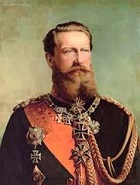












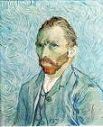
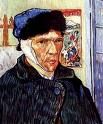
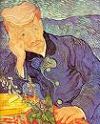
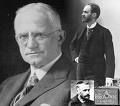










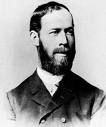


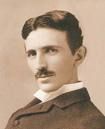



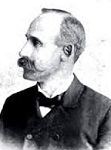
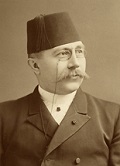









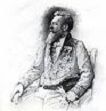



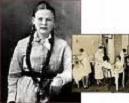



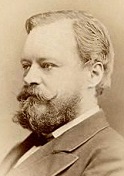




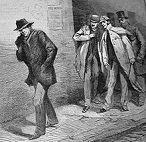


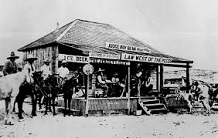
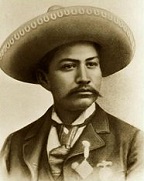



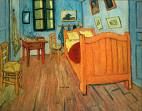

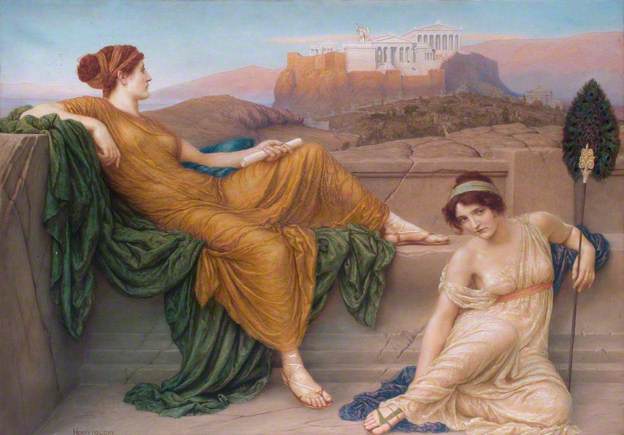
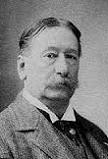
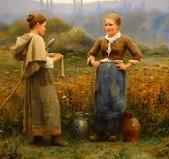

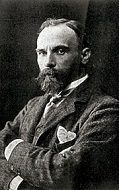
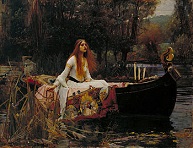





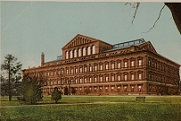

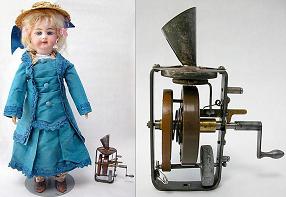
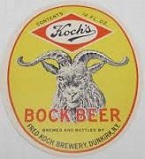
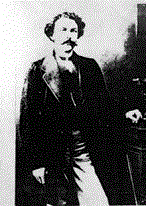
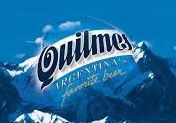
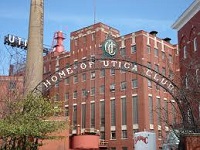
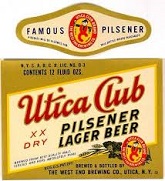
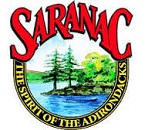

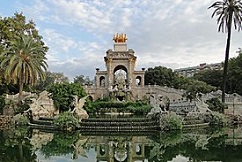
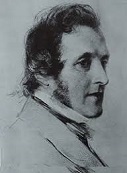
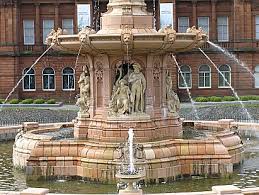
1888 On Jan. 12-13 (Thur.-Fri) a blizzard from Canada blows in suddenly, causing a trick of Nature on a beautifully warm 70 F day in the midst of miserably cold Jan. as the temp drops suddenly by 100 F and leads to the death of 500+ pioneers, incl. 100+ lightly-dressed children walking home from school in the plains of the Dakotas, Minn., and Neb. in the Big Brash (School Children's) Blizzard; as far away as Denver, Colo. the temp drops to -18 F with 60 mph winds, but little snow. On Jan. 13 the Nat. Geographic Society is founded at the Cosmos Club in Lafayette Square in Washington, D.C. by an elite group of 33 explorers and scientists who are interested in travel; they officially incorporate on Jan. 27; in Oct. the Nat. Geographic Mag. begins pub. On Jan. 16 Ga.-born former math, logic, metaphysics and law prof. Lucius Quintus Cincinnatus Lamar II (1825-93), a Civil War Confed. Lt. Col. and judge advocate, later U.S. Rep. and Sen. from Miss., followed by U.S. interior secy. (1885-7) becomes U.S. Supreme Court justice #49 (until Jan. 23, 1893) to replace William Burnham Woods (1881-7); on Oct. 8 Melville Weston Fuller (1833-1910) of Maine becomes U.S. Chief Justice #8 and 50th justice (until July 4, 1910) to replace Morrison R. Waite (1874-88). On Mar. 9 Kaiser Wilhelm I (b. 1797) dies after a 27-year reign (since 1861), and his too-long-waiting son Friedrich (Frederick) "Fritz" III (b. 1831) (husband of Queen Victoria's daughter Princess Vicky) is crowned kaiser #2, but goes into a 90-day coma due to throat cancer and croaks on June 15, unable to talk to the end of his 99-day reign, ending a great chance for a liberal democratic pro-British German Kaiser; instead, his 29-y.-o. worst nightmare son Wilhelm (William) II (1859-1941) (who has a withered right arm from a traumatic breech birth, causing him to always pose it at a dignified angle in photo opps) succeeds him as German (Prussian) Kaiser (until 1918), going on to experiment with global expansionism no matter whom it hurts? On Mar. 11-14 the Great Blizzard of 1888 (March Blizzard) (White Hurricane) in the NE U.S. from Chesapeake Bay to Maine drops 20-60 in. of snow (incl. 21 in. in New York City), with 80 mph winds causing 20-50 ft. snow drifts, killing 400+ and grounding or wrecking 200+ ships, and causing $25M in damage, trapping people in their houses for up to a week; after railway and telegraph lines are disabled, plans are made to move them undeground, resulting in the Boston, Mass. subway system in 1897; later, floods from melting snow compound the damage. On Mar. 26 18-y.-o. Prempeh I (1870-1931) becomes king of Ashanti (Asante) (Ghana) (until 1901), facing a revolt of the N vassal states, which he quells by 1891; too bad, the British and French are vying to take over W Africa, and he gets in the middle, so he's lucky to have five years left? On Apr. 3 the 11 unsolved Whitechapel Murders in East End, London begin (end Feb. 13, 1891) (five between Aug. 31 and Nov. 9), later ascribed to Jack the Ripper. On Apr. 8-Dec. 9 the 1888 Barcelona Universal Exposition in Barcelona N of Valencia, home of the Catalan dialect on land formerly occupied by the hated Fortress of Barcelona, becomes Spain's first internat. world's fair, modernizing the city complete with the 70-acre Parc de la Ciutadella (Citadel Park), which incl. a zoo and waterfall (cascada) modelled on the Trevi Fountain in Rome, featuring a statue of Venus standing on a clam - bo? In Apr. Romanian PM (since 1876) Ioan Bratianu resigns. On May 8-Nov. the 1888 Internat. Exhibition of Science, Art and Industry in Glasgow, Scotland is attended by 5,748,379, becoming the largest exhibition held outside London and largest held in Scotland in the 19th cent.; the 46-ft. Doulton Fountain, deisgned by architect Arthur E. Pearece is donated by pottery manufacturer Sir Henry Doulton (1820-97), featuring a larger-than-life statue of Queen Victoria surrounding by water-carriers representing Australia, Canada, India, and South Africa; it is moved to Glasgow Green in 1890; in 1891 lightning destroys Victoria's statue, and Doulton pays for a replacement; in 2002 after it is allowed to deteriorate, £2M is donated to restore it. On May 13 the Golden Law (Lei Aurea) of Brazil, pushed by lifelong abolitionist ("Eagle of the Hague") Ruy (Rui) Barbosa de Oliveira (1849-1923) and signed by regent Princess Isabel while old fart emperor (since Apr. 7, 1831) Dom Pedro II (1825-91) is away in Europe abolishes slavery in Brazil; on Dec. 14, 1890 after becoming finance minister on Nov. 15, 1889, Barbosa orders the burning of all govt. papers relating to the slave trade and slavery (conveniently preventing former slave owners from having to pay or receive indemnities?); 4M+ black slaves had been imported to Brazil over the past three cents., with 1.5M remaining. On May 15 Louisa Lawson (1848-1920) founds The Dawn under the alias Dora Falconer, becoming the first journal in Australia produced solely by women, advocating the right of women to vote and assume public office. education, etc.; it folds in 1905, and is refounded in 1918 as the official pub. of the Australian Federation of Women Voters (AFWV) (founded 1921), which sends the first woman Australian delegate to the League of Nations in 1922. In May Buffalo Bill Cody is forced to bury his horse at sea on a return voyage from Europe. On June 5-7 the 1888 Dem. Convention unanimously nominates Grover Cleveland of N.H. for pres. (1st unanimous nomination since 1840), and Allen Granberry Thurman (1813-95) of Ohio for vice-pres.; Mrs. E.A. Merriwether of St. Louis gives a speech in support of woman's suffrage. On June 13 the U.S. Bureau of Labor is created by Congress, but without cabinet rank, pissing-off organized labor; it takes until 1913 to get their way. On June 19-25 the 1888 Repub. Nat. Convention nominates Chauncy Mitchell Depew (1834-1928), atty. for the Vanderbilts and pres. (1885-98) of the New York Central and Hudson River Railroad for U.S. pres., but he withdraws in favor of Benjamin Harrison; Frederick Douglass receives one vote, becoming the first African-Am. to receive a vote for U.S. pres. by a major political party; Depew goes on to become chmn. of the board of the Vanderbilt railroads in 1898, then U.S. Sen. from N.Y. from 1899-1911, meanwhile becoming a leader of all the Repub. Nat. Conventions until 1925, giving nominating and after-dinner speeches. On Aug. 10 a burning trestle collapses while a Toledo, Peoria and Western train is crossing near Chatsworth, Ill., killing 81 and injuring 372. On Aug. 12 the Union Gen. de Trabajadores labor union is founded by the Spanish Socialist Party. On Aug. 13 after being betrayed by his bodyguard and captured by the French, Vietnamese emperor Ham Nghi is sent into exile in Algeria, and ends up marrying French Algerian woman Marcelle in 1904. On Aug. 22 a meteor explodes over a village in Turkey, killing one man and paralyzing another, becoming the earliest recorded instance of a meteorite killing a human. On Aug. 31-Nov. 9 mysterious English serial killer Jack the Ripper AKA the Whitechapel Murderer and the Leather Apron murders and dissects five hos in London's East End (Mary Anne "Polly" Nichols on Aug. 31, "Dark" Annie Chapman on Sept. 8, Elizabeth "Long Liz" Stride on Sept. 30, Catherine Eddowes on Sept. 30, "Black Mary" Jane Kelly on Nov. 9), each victim having progressively more of her organs taken; six other hos are suspected to be his victims, the first on Aug. 7, plus the Whitehall Mystery of Oct. 3, a headless torso of a woman found in the basement of the new Metropolitan Police HQ; he is never caught; Sir Charles Warren (1840-1927), head of the London Metropolitan Police (1886-8) (discoverer of Warren's Shaft in Jerusalem in 1867) is shafted for failing to catch him; in 2007 Trevor Marriott fingers German merchant sailor Carl Feigenbaum (-1894). In Aug. Rama Varma XIV (b. 1848) dies, and Kerala Varma V (1846-95) becomes king of Cochin (until Oct. 23, 1895). On Sept. 13 Italian steam ship Sud America collides with French steam ship La France near the Canary Islands, killing 89. On Sept. 19 the Concours de Beaute, the first-ever world beauty contest is held in Spa, Belgium; Bertha Soucaret, an 18-y.-o. Creole from Guadeloupe, West Indies wins the 5K franc first prize. On Oct. 1 the U.S. Scott Act bars Chinese laborers from reentering the U.S., screwing 20K-30K. On Oct. 9 the public is first admitted to the Washington Monument. On Oct. 29 the Suez Canal Convention is signed in Constantinople, declaring the canal a neutral zone under the protection of the British, whose troops had been protecting it since 1882. On Nov. 6 (Tues.) despite his stern integrity during his first term, his position favoring tariff revision causes the manufacturing interests to swing the 1888 U.S. Pres. Election away from the incumbent Dem. candidate Pres. Grover Cleveland and his running mate Allen G. Thurman of Ohio; even though they win the popular vote 48.6% to 47.8% (5.5M to 5.4M, a plurality of 100K votes), they lose the electoral vote to Repub. candidate Gov. Benjamin Harrison of Ind. and his running mate Levi Parsons Morton of N.Y. (founder of Levi P. Morton & Co., former U.S. rep., and minister to France) 233 to 168; Tammany Hall throws New York's 34 electoral votes to Harrison; Union Civil War hero, U.S. treasury secy. and Circuit Court of Appeals judge Walter Quintin Gresham (1832-95) unsuccessfully seeks the Repub. pres. nomination, then becomes a Dem. after disagreeing with Repub. tariff policies; Harrison is elected exactly 100 years after Washington, making him the Centennial Pres. On Nov. 29 (Thur.) (Thanksgivingukkah) Thanksgiving falls on the same day as Hanukkah; next in 2013. On Dec. 24 after leaving Paris for Arles in Provence in S France, and inducing his gay lover Gaugin to join him, having a ball with swirling brush strokes of intense yellows, greens and blues while going insane, prolific but starving temporal-lobe epileptic (TLE) absinthe-sipping painter Vincent van Gogh (1853-90) tries to murder his ball catcher Gaugin with a razor for threatening to leave him, then, when Gauguin reverses the suggestion, he cuts off a piece of his own left ear, wraps it in paper, and gives it to a prostitute; he then enters a super painting funk for the last 29 mo. of his life, producing his most vibrant, expressive work while spending time in a hospital in Arles, an insane asylum in St. Remy under the care of Dr. Paul Ferdinand Gachet (1828-1909) (the lucky dude getting his portrait painted), and the last 3 mo. in Auvers; his ear was really cut off by Paul Gaugin with a sword during an argument, and he made up the story to protect him? Gen. Georges Boulanger is retired from the French army and elected to the French Chamber of Deputies. Serbia under Milan I promulgates a liberal constitution. North Borneo and Sarawak become British protectorates. Beer price increases lead to a citizen revolt in Munich and the Battle of Salvator. The First Hazara Uprising (ends 1890) sees the Persian-speaking mainly Shiite Twelver Hazara people of Hazarajat, Afghanistan revolt against the Afghan rule of Abdur Rahman, and get crushed, only to be followed by a 2nd unsuccessful uprising in 1890-3, and a 3rd in 1893, ending with 60% of the Hazara pop. killed or displaced by the time that Abdur Rahman's successor Habibullah Khan grants them amnesty in 1901. The Jaybird-Woodpecker War (ends 1889) rocks Ft. Bend, County, Tex. when Dem. blacks led by Bob Chapel are taken on by white Dems. opposed to Reconstruction; Chapel likes to sing about both jaybirds and woodpeckers, but the whites pick jaybirds, while the blacks settle for woodpeckers and get backing from the Repub. Reconstruction govt., resulting next Aug. 16 in the Battle of Richmond. An Aeronautical Exhibition is held in Vienna. The town of Casper, Wyo. is founded, named after Indian fighter Lt. Caspar Collins, who was killed there fighting Red Cloud in 1865 (24 arrows in his corpse). Chicago mapmaker Andrew McNally moves to Calif. and founds La Mirada, Calif.. Jekyll Island off the coast of the U.S. state of Ga. (known for near-perfect Monaco-like weather) goes from a debtor resettlement island to a playground for the super rich wintering from the ME seaboard. Nevada-born Paiute Indian mystic Wovoka (1856-1932) (adopted at age 14 by white settler David Wilson and given the name Jack Wilson) begins getting visions that the Am. Indians will recover all their lost lands from the palefaces, and that their bullets will bounce off, founding the Ghost Dance Movement. Otto von Bismarck utters the soundbyte: "It is difficult to think without Austria - a state like Austria does not disappear." The English 12th cent. office of coroner is changed to appointment by a county or borough council instead of election by the whole body of freeholders - too many Sherlocks running around now? Fridtjof Nansen (1861-1930) of Norway leads an exploration of Greenland on snowshoes and cross-country skis which makes the first crossing. The Pacific island of Nauru (pronounced nah-oo-roo) (2.5K mi. SW of Honolulu) is annexed by Germany. Papua (British New Guinea) becomes a British colony (until 1906). Britain establishes a protectorate over the Cook Islands. A railway line from Vienna to Istanbul serving the brash Orient Express (Bulgaria, Russia, Austria, Switzerland, Hungary) is completed. The Newfoundland Bait Act takes effect in Canada, prohibiting capture of bait fish in Newfoundland without a special license, pissing-off the French and causing retaliation until a settlement is reached in 1904. The "World's Largest Village" of Skokie, Ill. (Potawatomi "marsh") 15 mi. N of Chicago (modern-day pop. 65K) is incorporated as Niles Centre, changing to Niles Center in 1910, and Skokie on Nov. 15, 1940; it starts as a German-Luxembourger farming community, and hosts a large Jewish pop. after WWII; it goes on to become the scene of neo-Nazi protest marches in 1977-8 and the home of Olympic gymnast Bart Conner and barbershop quartet member Keyser Soze :) Edward Maude Thompson (1840-1929) becomes dir. #1 of the British Museum (until 1909). Brewery employees strike in New York City, Chicago, Ill., and Milwaukee, Wisc. Stanford White builds the Players Club in New York City, the first U.S. gentleman's club, becoming home to the rich playboy set. Bubble gum is first sold in vending machines in El station platforms in New York. Gustav Mahler becomes musical dir. of the Budapest opera. Alfred Nobel reads his obituary then decides to create the Nobel Prizes in his will? - sorry, you can't take it with you to Hell? After moving in after the completion of the Southern Pacific Railroad in 1882, Mason County, Ky.-born "Hanging Judge" Phantly Roy Bean (1825-1903) ("the Law West of the Pecos") sees his idol Lillie "Jersey Lily" Langtry (1853-1929) for the first and only time in San Antonio, Tex., then returns to his Jersey Lilly Saloon in Langtry, Tex. on the S border with Mexico, named after engineer George Langtry not Lily - makes me want to fall in love all over again, okay? The term "charley horse" is invented by U.S. baseball players. Dr. John Henry Wilson (1846-1923) founds the Loyal Order of Moose in Louisville, Ky. as a social club; Wilson quits in the 1890s, and by 1906 there are only 246 members, when Welsh-born govt. clerk James J. "Puddler Jim" Davis (James John Davies) (1873-1947) (U.S. labor secy. from 1921-30) joins in Elwood, Madison County, Ind., and turns it into an org. to provide sick, funeral, and survivor benefits to members for $5-$10 a year, building it to 500K members in 1K lodges in 1912, and 1M in 2.4K lodges in 2016; in 1913 they found a home-school for orphans on a 100-acre farm in Mooseheart, Ill. 40 mi. W of Chicago. German organic chemist August Wilhelm von Hofmann is knighted - nerds can be heros before Bill Gates? After creating a popular hair tonic, Ont., Canada-born Martha Matilda Harper (1857-1950) founds the first retail business franchise in the U.S. with Harper Hair Dressing Salons. Irish-born Roman Catholic publisher Peter Fenelon Collier (1849-1909) begins pub. Collier's Weekly (original title "Collier's Once a Week") in Apr.; by 1892 it has a circ. of 250K, and becomes known for pub. articles by muckrakers, incl. Upton Sinclair's "The Jungle". The Financial Times begins pub. in London. The Filipino nationalist newspaper La Solidaridad begins pub. in Spain by Philippine politician Galicano Apacible (1864-1949) to circulate the views of his cousin Jose Rizal (1861-96) et al. The Am. Mathematical Society (AMS) (originally New York Mathematical Society) is founded in New York City by Am. mathematician Thomas Scott Fiske (1865-1944) of Columbia U., going on to begin pub. Transactions of the Am. Mathematical Society in 1900, Proceedings of the Am. Mathematical Society in 1950, and Journal of the Am. Mathematical Society in 1988; in 11951 it moves its HQ to Providence, R.I. The Czech Academy of Science is founded by architect Josef Hlavka (Hlávka) (1831-1908). After diplomatic pressure causes the British to bow out, Turkey gives a German co. the concession to build a railway from the Bosphorus to Angora (Ankara) (completed 1892), and the German sights are now set on Baghdad. The La Plata Museum of Natural History in La Plata, Argentina is founded by Argentine explorer Francisco "Perito" Moreno, becoming #1 in South Am., housing 3M fossils and relics. Pierre-Augustin Chaboseau (1868-1946) and Papus (Gerard Encausse) (1865-1916) launch the mystical philosophy of Martinism, based on the writings of Louis Claude de Saint-Martin (1743-1803) (AKA Le Philosophe Inconnu or The Unknown Philosopher), which views Christ as "the Repairer" who enables believers to regain their perfect state in the Garden of Eden before the Fall; their lodges open meetings by invoking "Yeheshuah", the Tetragrammaton, and the Hebrew letter Shin. Fannie Brooks, Nona L. Brooks, and Malinda Elliott Cramer (1844-1906) found the Church of Divine Science in San Francisco, Calif. Los Angeles Nat. Cemetery in Calif. is founded as a free home for Union Civil War and Mexican War vets, ending up with 10K vets buried there, incl. Wyatt Earp's father Nicholas Earp. Italian medium Eusapia Palladino (1854-1918) from the slums of Naples begins giving kaching pay-in-advance seances in which mysterious phenomena appear, such as the table levitating, mysterious hands touching you, etc., fooling scientists Ercole Chiaia, Sir Oliver Lodge, Pierre and Marie Curie et al. for the next three decades until the scientists demand more and more controlled conditions and catch her using her toe under the table leg, a rubber bulb to squirt air, etc., after which her powers mysteriously vanish, and her retirement plan is paid in full. English-born Am. inventor Edward Weston (1850-1936) founds Weston Electric Instrument Co. in Newark, N.J. to manufacture instruments to measure electrical voltage and power, becoming er, instrumental to the U.S. electrical power industry. Alcoa (Aluminum Co. of Am. (originally the Pittsburgh Reduction Co.) in Pittsburgh, Penn. is founded to produce aluminum using the 1886 Hall Process. Brothers Andre Jules Michelin (1853-1931) and Edouard Etienne Michelin (1859-1940) found the Michelin Tire Co. in Clermont-Ferrand, Auvergne, France to manufacture tires, incorporating on May 28, 1889; in 1891 they file their first patent for a removable pneumatic tire, which is used by Charles Terront to win the 1891 Paris-Brest-Paris bicycle race, the world's first long distance bicycle race. After purchasing Metz Brewery (founded 1870) (which briefly becomes Finck Brewery in 1888), Fred Koch Brewery is founded in Dunkirk, N.Y. by Fred Koch (-1911) and Frank Werle, who sells-out in 1896, after which the Koch family runs it under the name Lake City Brewery until incorporation in 1911, producing Bock Beer, Wurtzburger, Lake City Export et al.; on Sept. 14, 1915 a fire in the horse barns kills eight horses; after surviving Prohibition, it goes on to produce Koch's Bock Beer, Pale Lager Beer, Deer Run Ale, Koch's Golden Anniv. Beer (1938) et al., producing 70K barrels/year in 1948, and 102K barrels/year in 1952; in 1961 it introduces premium Black Horse Ale; in 1964 it introduces Tap-A-Keg, a 1-gal. can with Home Tapper unit; in 1978 it becomes the second-smallest brewery in the U.S. (.05% of the market), with the slogan "The Tiny Little Brewery Where Real Beer Is Made"; in 1981 it is acquired by Genesee Brewing Co; in 1983 the book "Gourmet Guide to Beer" ranks Koch's Golden Anniv. Beer as #1 among 140 Am. pale lagers, winning the gold medal at the 1987 Great Am. Beer Festival, while Black Horse Ale wins a gold medal at the 1988 Great Am. Beer Festival; the original brewery closes in 1985. F.X. Matt Brewing Co. (originally West End Brewing Co. until 1980) is founded in West Utica, N.Y. by Baden, Germany-born Francis Xavier Matt Sr.; in 1933 after surviving Prohibition by selling Utica Club soft drinks, it sells Utica Club brand pilsner beer, which becomes the first beer officially sold after Prohibition; ads feature talking beer steins Schultz and Dooley, voiced by comedian Jonathan Winters, with the jingle "It's tough to argue over a Utica Club, 'cause they put too much love into it"; in 1982 they introduce Matt's Premium Light Beer, followed in 1985 by Saranac brand beer ("The Spirit of the Adirondacks), which grows to 30+ different products incl. Adirondack Lager, Black Forest, Belgian White et al.; in the late 1970s it becomes one of four breweries manufacturing Billy Beer; in 2010 it acquires Flying Bison Brewing Co. of Buffalo, N.Y., producing 410K barrels/year in 2014. Cerveceria y Malteria Quilmes is founded in Quilmes, Buenos Aires, Argentina by Cologne, Germany-born businessman Otto Bemberg (1827-96), becoming the most popular brewery in Argentina by the 1920s, gaining 75% of the market by modern times (14M barrels/year), using Argentine's flag colors of light blue and white on its labels and sponsoring the Argentine nat. soccer team. Sports: On Jan. 13-Mar. 12 the 1888 Amateur Hockey Assoc. of Canada (AHAC) Season sees the Montreal Hockey Club and Montreal Victorias 2-1 tie with 5-1 records, after which on Mar. 15 the Montreal Hockey Club defeats them 2-1 to win the title. In May the Celtic Football Club, founded last year in Glasgow, Scotland plays its first match, defeating the Rangers by 5-2, becoming known as the Old Firm. On Dec. 15-Mar. 27 the 1888-89 Amateur Hockey Assoc. of Canada (AHAC) Season sees the Montreal Hockey Club win with a 6-1 record, becoming their 2nd straight title. The St. Andrews Golf Club is founded in Westchester County, N.Y., causing golf to gain popularity in the U.S. The Amateur Athletic Union (AAU) is founded to encourage boxing competition among U.S. youth. The Lawn Tennis Assoc. is founded in London, England. The (English) Football League (EFL) of prof. soccer clubs is founded in England; in 1922 the top 22 clubs split off to form the Premier League. Architecture: The red brick Renaissance Revival Pension Bldg. at 401 F St., NW in Washington, D.C. is built as the HQ of the U.S. Pension Bureau, designed by U.S. quartermaster gen. (1861-82) Montgomery Cunningham Meigs (1816-92), becoming the largest brick bldg. in the U.S., going on to host several U.S. pres. balls; in 1980 Congress repurposes it as the Nat. Building Museum, and designates it a nat. historic landmark in 1985. The Thomas Jefferson (Main) Library of Congress Bldg. in Washington, D.C. is begun (finished 1897). The Russian Church of the Ascension in Jerusalem on the Mount of Olives is built. Inventions: On Aug. 7 Theophilus Van Kannel of Philly receives a patent for the revolving door, intended to prevent drafts. In Oct. Milan, Ohio-born (pr. MY-lin) Thomas Alva Edison (1847-1931) files a preliminary patent (caveat) for his Kinetoscope (Gr. "kineto" + "scope" = motion + watch) "optical phonograph" motion picture camera, which does "for the Eye what the phonograph does for the Ear", filing a 2nd caveat in Mar. 1889 which first names it; in 1889-90 the first crude Monkeyshines are shot at Edison Labs in N.J. by Scottish-born William Kennedy Laurie Dickson (1860-1935) and William Heise after Dickson decides on celluloid film and selects 35mm as the std. size; on May 20, 1891 the first working prototype is unveiled at the Nat. Federation of Women's Clubs, showing the 3-sec. Dickson Greeting from a small pine box filled with film on rollers and a 1-in. peep show viewer on top; on Feb. 21, 1893 after most of his application is denied based on prior art, Edison receives a patent governing the intermittent movement of film in the Kinetograph; on Mar. 14, 1893 Edison receives patent #493,426 for the exhibition device; on May 9, 1983 the final version is unveiled at the Brooklyn Inst. of Arts and Sciences, showing The Blacksmith Scene; too bad, Edison goes on to try to force every new movie studio to pay him royalties, holding the industry back for years; in 1895 Thomas Edison invents the Kinetophone, which links a Kinetoscope with a cylinder phonograph, making talking movies possible; meanwhile on May 2, 1887 Episcopal priest Hannibal Williston Goodwin (1822-1900) of Newark, N.J. patents celluloid film for use in Bible teaching, and it ends up being used in Edison's Kinetoscope and being stolen by George Eastman; when Goodwin dies in a street accident in 1900 his patent is sold to Ansco, which settles with Eastman Kodak for $5M for patent infringement. John Boyd Dunlop (1840-1921) of the U.S. patents the first practical pneumatic bicycle tire, but an 1845 patent by Robert William Thomson (1822-73) is soon granted precedence. The first hand-held Kodak Box Camera, containing a roll of flexible paper-based film, and patented in 1881 by D.H. Houston (named for his home state of N.D.) is marketed by George Eastman (1854-1932) in Rochester, N.Y.; after exposing the film, the entire camera is sent to the factory for processing, and a reloaded camera is sent back along with the developed photos; "You push the button, we do the rest" - some day my prints will come? Thomas Edison invents a Talking Doll with a small phonograph in its body that can recite a dozen nursery rhymes when continuously cranked ("the voices of the little monsters were exceedingly unpleasant to hear"); they are offered for sale on Apr. 7, 1890, costing $10 with a simple chemise, $20-$25 with full dress; he manufactures hundreds before finding that he had already sold the rights to phonograph toys to another firm, and has them destroyed, and only two survive? German opthalmologist Adolf Eugen Fick (1829-1901) creates the first Contact Lenses for patients with Keratoconus; next year German medical student August Mueller (Müller) (1864-1949) invents contact lenses made of glass discs, which are improved by French opthalmologist Eugene Jean Baptiste Kalt (1861-1941); too bad, they are made from impermeable glass, and cover the whites of the eye until 1948, making them impossible to wear for more than 4-5 hours. Am. physician John Harvey Kellogg (1852-1943) of the Battle Creek, Mich. Sanitarium gives the world's first Oxygen Enema to a lucky plucker - did he tear his pants? French inventors Arthur Constantin Krebs (1850-1935) and Gustave Zede (Zédé) (1825-91) construct the 60-ft.-long electric Gymnote, the first submarine with hydroplanes (horizontal rudders), which help it descend, plus the first naval periscope and electric gyrocompass; it goes on to force a naval blockade in 1890. On Oct. 14 French inventor ("the Father of Cinematography") Louis Aime (Aimé) Augustin Le Prince (1841-90) shoots The Roundhay Garden Scene in the garden of his father-in-law Joseph Whitley in Roundhay Leeds, West Yorkshire, England on a 2.1-in.-wide paper roll from Eastman Kodak, running 10-12 frames per sec. shot through a single-lens combo camera-projector, becoming the oldest surviving motion picture film; on Sept. 16, 1890 before he can demonstrate it in the U.S., Le Prince disappears from a train in Dijon, and Thomas Edison claims credit for the invention; in 1898 his son Adolphe Le Prince testifies in court for his father in a suit brought by Edison against the Am. Mutoscope Co., but is barred from presenting his dad's two cameras as evidence, and Edison wins, but a year later the judgment is overturned. Marvin Chester Stone of Washington, D.C. patents a process for making Drinking Straws by winding strips of paraffin-coated paper around a pencil and gluing them together; manufacturing is done by hand until 1906. The first year people have the AC-DC option? Croatian-born Nikola Tesla (1856-1943) of the U.S. invents the Alternating Current (AC) Electric Motor, which is manufactured by George Westinghouse; Thomas Edison, a DC man, facetiously bet him he couldn't do it, and then reneged on a $25 a week raise in 1885, causing a lifelong grudge? Refrigerated boxcars make the first long-haul shipments of meat and produce. Science: German Bavarian biologist Theodor Heinrich Boveri (1862-1915) discovers the centrosome, which he calls the "special organ of cell division", later discovering the phenomenon of chromatin diminution; in 1902 he proposes that a cancerous tumor starts with a single cell in which the chromosome makeup becomes scrambled, causing it to divide uncontrollably, caused by radiation, chemicals, or pathogens, which is proved true in 1915 by Thomas Hunt Morgan. English mathematician Sir Francis Galton (1822-1911) invents statistical correlation coefficients. German physicist Wilhelm Ludwig Franz Hallwachs (1859-1922) discovers the Hallwachs Effect, produced when ultraviolet light falls on a negatively charged body in a vacuum and discharges it. German physicist Heinrich Hertz (1857-94) and British physicist Sir Oliver Joseph Lodge (1851-1940) independently prove that light waves and radio waves are the same phenomenon, as predicted by James Clerk Maxwell in 1873. German mathematician David Hilbert (1862-1943) pub. Hilbert's Basis Theorem, that a polynomial ring over a Noetherian ring is Noetherian, becoming the first "constructive proof", proving the existence of something without being able to display it, using the Law of the Excluded Middle (principium tertii exclusi) (tertium non datur) ("Either P or not P"), causing the ed. of Mathematische Annalen to comment: "This is not mathematics, this is theology", after which he adds "I have convinced myself that even theology has its merits"; the Intuitionist School of Mathematics ("the proof is the object") takes off with this idea and runs with it. The first successful biological control program of a crop pest occurs when Vedalia beetles are imported to the U.S. from Australia to control fluted scale on citrus. The word "Anasazi" is first used for Mesa Verde cliff dwellers by rancher Richard Wetherill; in the 1930s Am. SW archeologist Alfred Kidder adopts the name; by the mid-1990s Hopis and other Am. puebloan tribes object to the word, claiming it means "enemy ancestors" in Navajo, and is not a Hopi (Moki) word, like "kiva". Excavations begin in ancient Nippur in Sumeria by U. of Penn. archeologists Rev. John Punnett Peters (1852-1921), John Henry Haynes (1849-1910) ("Father of Am. Archeological Photography"), and Herman Volrath Hilprecht (1859-1924) (until 1900); in 1900 Haynes discovers the 2500 B.C.E. Temple Library of Nippur, containing 23K tablets, incl. the earliest known version of the Great Flood, but begins messing it up, causing Hilprecht (who left in 1889) to return to rescue it, becoming known as the hero of the Nippur dig. English paleontologist Harry Govier Seeley (1839-1909) divides dinosaurs into Saurischians and Ornithischians based on their pelvic bones and joints; it takes until the 1980s to prove that both groups have a common ancestor in the Triassic Period. After treating soldiers during the U.S. Civil War and becoming convinced that coffee and lean chopped beefsteak can control diarrhea, Am. food fad physician James Henry Salisbury (1823-1905) invents Salisbury steak (ground beef patty blend with gravy) as part of a low-carb diet for weight loss (eat 3x a day with plenty of water); it becomes popular during WWI when English-speaking nations attempt to er, chuck German-sounding names like hamburger. Art: Augustus Saint-Gaudens (1848-1907), Abraham Lincoln: The Man (Standing Lincoln); a 12-ft. (3.7m) bronze statue for Lincoln Park in Chicago, Ill.; 10K attend the unveiling incl. Lincoln's grandson Abraham Lincoln II, with the New York Evening Post calling it "the most important achievement American sculpture has yet produced"; Stanford White designs a semicircular platform (exedra) for it. Nonfiction: William Archer, Masks or Faces?. Madame Helena Blavatsky (1831-91), The Secret Doctrine. Wilfrid Scawen Blunt (1840-1922), Future of Islam. Nellie Bly (1864-1922), Ten Days in a Madhouse; her 10-day 1888 undercover stay at the Women's Lunatic Asylum on Blackwell's Island, N.Y., during which she fools the professionals until her employer the New York World springs her, exposing them as quacks and getting an $850K budget increase passed. Bernard Bosanquet (1848-1923), Logic, or the Morphology of Knowledge. Oscar Browning (1837-1923), Aspects of Education: A Study in the History of Pedagogy; The New Illustrated History of England (4 vols.). John Burroughs (1837-1921), Sharp Eyes. James Bryce (1838-1922), The American Commonwealth. Moncure D. Conway (1832-1907), Omitted Chapters of History Disclosed in the Life and Papers of Edmund Randolph, Governor of Virginia, First Attorney-General of the United States, Secretary of State. John Augustin Daly (1838-99), Woffington, A Tribute to the Actress and the Woman. Alphonse Daudet (1840-97), Souvenirs d'un Homme de Lettres. Charles Dickens (1812-70), Dickens's Dictionary of London. Ignatius Loyola Donnelly (1831-1901), The Great Cryptogram, Francis Bacon's Cipher in the So-Called Shakespeare Plays; internal codes prove it?; the original "Da Vinci Code"? Charles Montagu Doughty (1843-1926), Travels in Arabia Deserta (2 vols.); spurty seller, repub. in the 1920s by fan T.E. Lawrence. Sir Edward Durning-Lawrence (1837-1914), The Pope and the Bible. Richard T. Ely (1854-1943), Taxation in American States and Cities. David Ferrier (1843-1928), The Localization of Brain Disease. Camille Flammarion (1842-1925), L'Atmosphere: Meteorologie Populaire. James Anthony Froude (1818-94), The English in the West Indies; Or, The Bow of Ulysses; disses the British West Indian colonies for wanting self-govt., claiming that the black pop. will elect leaders who will repress the white pop., pissing-off Trinidadian writer J.J. (John Jacob) Thomas (1841-89), who pub. Froudacity: West Indian Fables by James Anthony Froude in 1889 before dying of pneumonia. Thomas Wentworth Higginson (1823-1911), Women and Men; advocates political rights for women. Emma Curtis Hopkins (1849-1925), High Mysticism; expands the system of Mary Baker Eddy to call God both Father and Mother and open up to Eastern religions. Henri Houssaye (1848-1911), 1814: History of the Campaign of France and the Fall of the Empire (1814, Histoire de la Campagne de France et la Chute de l'Empire); vol. 1 of 4 of a military history ()1893, 1899, 1905) of French emperor Napoleon I, which goes through 46 eds. Rodolfo Lanciani (1846-1929), Ancient Rome in the Light of Recent Discoveries. Stanley Lane-Poole (1854-1931), Turkey. James Martineau (1805-1900), The Study of Religion. George Moore (1852-1933), Confessions of a Young Man (autobio.). Friedrich Nietzsche (1844-1900), The Wagner Case: A Musician's Problem (Sept. 22); announces his split with Richard Wagner for being too much into the Volkisch movement and anti-Semitism, claiming he's part of the broader disease of European nihilism; The Antichrist; pub. in 1895; how Christianity teaches a "slave morality", and holds back the yah-baby dream-is-back Superman and his Will to Power (Der Wille zur Macht); "Not contentment, but more power; not peace at all, but war"; "The real philosophers are commanders and lawgivers; they say: 'Thus shall it be!' They determine first the Whither and the Why of mankind, and thereby set aside the previous labor of all philosophical workers...; they grasp at the future with a creative hand, and whatever is and was, becomes for them thereby a means, an instrument, and a hammer. Their 'knowing' is creating, their creating is a lawgiving, their will to truth is Will to Power." Agnes Repplier (1855-1950), Books and Men (essays); first of several good books of essays. George John Romanes (1848-94), Mental Evolution in Man. William Sharp (1855-1905), Life of Heinrich Heine. John Gilmary Shea (1824-92), Life and Times of the Most Rev. John Carroll, Bishop and First Archbishop of Baltimore: Embracing the History of the Catholic Church in the United States, 1763-1815. Philip Henry Sheridan (1831-88), Personal Memoirs (autobio.). Vladimir Solovyov (1853-1900), The Russian Idea; "The idea of a nation is not what it thinks of itself in time, but instead what God thinks of it in eternity." Charles Ezra Sprague (1842-1912), Hand-Book of Volapuk (Volapük); first major textbook. Frank William Taussig (1859-1940), The Tariff History of the United States; 6th ed. 1914; founds modern Internat. Trade Theory. Lester Frank Ward (1841-1913), Geographical Distribution of Fossil Plants. Ellen Gould White (1827-1915), The Great Controversy; Satan vs. Jesus. Charlotte Mary Yonge (1745-1833), Hannah More. Music: Eugen d'Albert (1864-1932), Esther, Op. 8. Johannes Brahms (1833-97), Double Concerto for Violin, Cello and Orchestra in A minor, Op. 102. Sir William Schwenck Gilbert (1836-1911) and Arthur Sullivan (1842-1900), The Yeomen of the Guard (comic operetta #11) (not really comic?) (Savoy Theatre, London) (Oct. 3) (423 perf.); Col. Fairfax is sentenced to be beheaded in an hour for sorcery, and secretly marries singer Elsie Maynard to leave his estate to her instead of his cousin, the accuser, while she really wants jester Jack Point. Ethelbert Woodbridge Nevin (1862-1901), Oh! That We Two Were Maying, Op. 2. Sir Hubert Parry (1848-1918), Judith (oratorio). Nikolai Rimsky-Korsakov (1844-1908), Scheherezade, Op. 35 (symphonic suite) (St. Petersburg); based on "Thousand and One (Arabian) Nights"; "The Sultan Schariar, convinced that all women are false and faithless, vowed to put to death each of his wives after the first nuptial night. But the Sultana Scheherazade saved her life by entertaining her lord with fascinating tales, told seriatim, for a thousand and one nights. The Sultan, consumed with curiosity, postponed from day to day the execution of his wife, and finally repudiated his bloody vow entirely"; (Great) Russian Easter Festival Overture, Op. 36 (overture) (Dec.) (St. Petersburg). Juventino Rosas (1868-94), Over the Waves (Sobre las Olas) (waltz). Erik Satie (1866-1925), Gymnopedies (Gymnopédies); three piano compositions pub. in Paris; precursors of modern ambient music; Gymnopedie No. 1, Gymnopedie No. 2, Gymnopedie No. 3. Franz von Suppe (1819-95), Die Jagd nach dem Gluch (Carltheater, Vienna) (Oct. 27). Peter Tchaikovsky (1840-93), Symphony No. 5 in E minor, Op. 64 (St. Petersburg) (Nov. 6) - well, crack my nuts? Art: Arnold Bocklin (1827-1901), Vita Somnium Breve. Louis Eugene Boudin (1825-98), Corvette Russe; the French govt. purchases it for the Luxembourg Museim in Paris, giving him instant fame. George Henry Boughton (1833-1905), Golden Afternoon. Paul Cezanne (1839-1906), Still Life with Commode; Boy in a Red Waistcoat (1888-90). James Ensor (1860-1949), The Entrance of Christ into Brussels (99.5 in. by 169.5 in.); the crowd incl. historical figures, politicians, and members of his family; not displayed until 1929, then bought by the J. Paul Getty Museum in Calif. in the 1960s, which calls it a "forerunner of 20th century Expressionism". Camille Flammarion (1842-1925), Universe; woodcut from "L'Atmosphere: Meteorologie Populaire"; gets used as the std. proof that ignorant Euros all thought the Earth is flat, also as a logo for the quest for knowledge. Paul Gaugin (1848-1903), The Vision After the Sermon (Jacob Wrestling with the Angel). Vincent Van Gogh (1853-90), Sunflower Series bought at auction in 1987 for $39.85M; Fishing Boats on the Beach at Saintes-Maries; The Night Cafe (Sept.) (Arles); Cafe de la Gare at 30 Place Lamartine, run by Joseph-Michel Ginoux and his wife Marie; The Italian Woman; Portrait of a Peasant; The Bedroom ("Simply my bedroom, but here it's the color that must make it what it is" - letter to Theo, Oct. 16); The Yellow Chair; Paul Gaugin's Armchair (Dec.). Lord Ronald Gower (1845-1916), Shakespeare Memorial (bronze-stone sculpture); unveiled behind the Swan Theatre in Stratford-upon-Avon, England; incl. corner statues of Hamlet, Prince Hal, Falstaff, and Lady Macbeth; later moved in front of the Royal Shakespeare Theatre; French actress "The Divine" Sarah Bernhardt (1844-1923) models for Lady Macbeth in his Montparnasse, Paris studio. Arthur Hacker (1858-1919), The Children's Prayer. George Inness (1825-94), Early Autumn, Montclair. William Quiller Orchardson (1832-1910), Her Mother's Voice. Valentine Cameron Prinsep (1838-1904), Mariana; from Shakespeare's "Measure for Measure". Albert Pinkham Ryder (1847-1917), The Forest of Arden (1888-97). Giovanni Segantini (1858-99), Girl Knitting (his main babe Baba Uffer); My Models. Georges Seurat (1859-91), Les Poseuses. Marie Spartali Stillman (1844-1927), Dante at Verona; Upon a Day Came Sorrow Unto Me. Henri de Toulouse-Lautrec (1864-1901), Place Clichy. Plays: David Belasco (1853-1931) and Henry Churchill de Mille (1855-93), Lord Chumley. Georges Courteline (1858-1929), Le Train de 8h47 (farce). Henrik Ibsen (1828-1906), The Lady from the Sea; wife Ellida and the sailor who haunts her, old suitor Arnolm, step-daughter Bolette, would-be sculptor Lyngstrand. Charles Marie Leconte de Lisle (1818-94), L'Apollonide (verse tragedy). Catulle Mendes (1841-1909), Isoline; music by Andre Messager (1853-1929). Arthur Wing Pinero (1855-1934), Sweet Lavender (comedy). Jean Richepin (1849-1926), Le Flibustier. August Strindberg (1849-1912), Comrades (drama); Miss Julie (drama) (makes everyone want to name their daughter Julie?). Poetry: Sir Edwin Arnold (1832-1904), With Sadi in the Garden. William Wilfred Campbell (1858-1918), Snowflakes and Sunbeams; Indian Summer. Charles Cros (1842-88), La Vision du Grand Canal des Deux Mers; thinks that there are large cities on Mars and Venus and wants the French govt. to build a giant mirror to communicate with them. Eugene Field (1850-95), Little Boy Blue. Robert Hamerling (1830-89), Homunculus. Verner von Heidenstam (1859-1940), Vallfart och Vandringsar (debut); revolts against realism. John Keats (1795-1821), La Belle Dame sans Merci (The Beautiful Lady without Pity) (posth.); "And there she lulled me asleep,/ And there I dreamed - ah! woe betide!/... And this is why I sojourn here/ Alone and palely loitering,/ Though the sedge is withered from the lake,/ And no birds sing". Archibald Lampman (1861-99), Among the Millet and Other Poems; makes him #1 among Canadian English poets. Andrew Lang (1844-1912), Grass of Parnassus. Herman Melville (1819-91), John Marr and Other Sailors. Jean Psichari (1854-1929), My Journey (To Taxidhi Mou). Andrejs Pumpurs (1841-1902), Lacplesis (The Bear Slayer); becomes the Latvian nat. epic. James Whitcomb Riley (1849-1916), The Raggedy Man; based on a German immigrant tramp employed by his father; inspires the Raggedy Ann doll. William Sharp (1855-1905), Romantic Ballads and Poems of Phantasy. Ernest Lawrence Thayer (1863-1940), Casey at the Bat: A Ballad of the Republic Sung in the Year 1888 (San Francisco Daily Examiner, June 3); pub. under alias "Phin"; Mudville's star layer comes to bat with his team losing 4-2 and two runs and two outs in the 9th inning, with Blake on 2nd base and Flynn on 3rd base; the hitters ahead of him in line were Cooney, Barrows, Flynn, and Jimmy Blake; Casey passes up the first two pitches, both strikes, then strikes out, sending the crowd home unhappy; "Ten thousand eyes were on him as he rubbed his hands with dirt;/ Five thousand tongues applauded when he wiped them on his shirt./ Then while the writhing pitcher ground the ball into his hip,/ Defiance gleamed in Casey's eye, a sneer curled Casey's lip."; "Oh, somewhere in this favored land the sun is shining bright;/ The band is playing somewhere, and somewhere hearts are light,/ And somewhere men are laughing, and somewhere children shout;/ But there is no joy in Mudville - mighty Casey has struck out." Emile Verhaeren (1855-1916), Les Soirs; Les Debacles. Comte Auguste Villiers de l'Isle-Adam (1838-89), Secret de l'Echafaud. Novels: Maurice Barres (1862-1923), Sous l'Oeil des Barbares. Edward Bellamy (1850-98), Looking Backward, 2000-1887; based on Laurence Gronlund's 1884 "Exposition of Modern Socialism"; internat. bestseller about Julian West, who time travels and discovers that the U.S. will become a Military Socialist utopia by you know when, launching the Nationalist movement, which inspires several utopian communities; uses the swastika symbol, later adopted by the Nazis, along with the straight arm salute used for the Pledge of Allegiance by his cousin Francis Bellamy. Walter Besant (1836-1901), Herr Paulus (3 vols.). Mary Elizabeth Braddon (1837-1915), The Fatal Three. Wilkie Collins (1824-89), The Legacy of Cain. Alphonse Daudet (1840-97), L'Immortel. Arthur Conan Doyle (1859-1930), The Valley of Fear; "You will, I am sure, agree with me that if page 534 finds us only in the second chapter, the length of the first one must have been really intolerable." Theodor Fontane (1819-98), Irrungen, Wirrungen. Benito Perez Galdos (1843-1920), Miau; aged civil servant loses his job and commits suicide. Madame Sarah Grand (1854-1943), Ideala. H. Rider Haggard (1856-1925), Mr. Meeson's Will; Maiwa's Revenge; Colonel Quaritch, V.C.; My Fellow Laborer and the Wreck of the Copeland. Thomas Hardy (1840-1928), Wessex Tales (short stories); mostly set before Hardy's 1840 birth, focusing on the evils of British class society. William Dean Howells (1837-1920), Annie Kilbum. Margaret Wolfe Hungerford (1855-97), Undercurrents; Marvel; Honourable Mrs. Vereker. Henry James (1843-1916), The Aspern Papers; based on the letters of poet Percy Bysshe Shelly to Claire Clairmont, stepsister of Mary Shelley; the narrator, an Am. publisher travels to Venice to find Juliana Bordereau, an old flame of dead Am. poet Jeffrey Aspern, and get a look at some of his old love letters to her, courting her plain Jane niece Miss Tina to get to her, getting caught trying to break into Juliana's desk, after which Juliana dies and Tina tries to blackmail the "publishing scoundrel" to marry her for a miniature portrait of Aspern, and burns the letters; filmed in 1947 as "The Lost Moment". Rudyard Kipling (1865-1936), Plain Tales from the Hills; The Phantom Rickshaw and other Eerie Tales (short stories); incl. The Man Who Would Be King; based on the life of James Brooke, first white rajah of Sarawak in Borneo, Josiah Harlan, prince of Ghor, and explorer Adolf Schlagintweit, set in Kafiristan in E Afghanistan; filmed in 1975. Guy de Maupassant (1850-93), Pierre et Jean; his masterpiece?; a psycho-realist novel about Pierre (physician) and Jean (atty.), the sons of retired jeweller Gerome Roland and his wife Louise, who live in Le Havre, after which family friend Leon Marechal leaves his inheritance to Jean, causing Pierre to get jealous and question his legitimacy. George Moore (1852-1933), Confessions of a Young Man. William Morris (1834-96), A Dream of John Ball; a Socialist England. Thomas Nelson Page (1853-1922), Two Little Confederates. Arthur Quiller-Couch (1863-1944), The Astonishing History of Troy Town. Jean Richepin (1849-1926), Cisarine. Edward Payson Roe (1838-88), Miss Lou (unfinished). Mark Rutherford (1829-1913), The Revolution in Tanner's Lane. Edgar Saltus (1855-1921), The Truth About Tristrem Varick; Eden: An Episode. William Sharp (1855-1905), Sport of Chance (first novel). Henry Wheeler Shaw (1818-85), Josh Billings, His Works Complete. Robert Louis Stevenson (1850-94), The Master of Ballantrae: A Winter's Tale; written in the Adirondacks in N.Y.; about the 1745 Jacobite Rising. Theodor Storm (1817-88), The Dykemaster August Strindberg (1849-1912), Life of an Island Lad. Paul Verlaine (1844-96), Amour. Lew Wallace (1827-1905), The Boyhood of Christ. Mrs. Mary Humphry Ward (1851-1920), Robert Elsmere; bestseller (1M copies); a novel of religious doubt attacking evangelical Christianity; an Oxford clergyman reads Friedrich Wilhelm Schelling and David Strauss and begins to doubt his Anglican faith, turning to "constructive liberalism" that stresses social work among the disadvantaged; set in Longsleddale, Lake District, which she calls Long Whindale; its internat. sales are the first to exceed Harriet Beecher Stowe's 1852 "Uncle Tom's Cabin"; makes a fan of Henry James; "Simply Arnold's 'Literature and Dogma' with the literature left out." (Oscar Wilde) Frank Wedekind (1864-1918), Mine-Haha: The Corporal Education of Young Girls. H.G. Wells (1866-1946), The Chronic Argonauts (first short story); about Dr. Moses Nebogipfel of the Welsh town of Llyddwdd, who escapes a mob with Rev. Elijah Ulysses Cook in a time machine, making him an Anachronic Man; first story about an inventor-built time machine; pub. in the Science Schools Journal of the Royal College of Science in Apr.-June. Oscar Wilde (1854-1900), The Happy Prince and Other Tales (May). Emile Zola (1840-1902), La Terre. Births: Am. M1 rifle designer John Cantius Garand (d. 1974) (pr. ga-RAAH) on Jan. 1 in St. Remi, Quebec, Canada; grows up in Conn. Scottish "Folly to Be Wise" surgeon-playwright James Bridie (Osborne Henry Mavor) (d. 1951) on Jan. 3 in Glasgow; educated at the U. of Glasgow. British Labour deputy PM (1945-51) Herbert Stanley Morrison, Baron Morrison of Lambeth (d. 1965) on Jan. 3 in Stockwell, London; blind in the right eye; created baron in 1959. German film actress Henny Porten (d. 1960) on Jan. 7 in Magdeburg. Am. DuPont pres. Walter Samuel Carpenter Jr. (d. 1976) on Jan. 8 in Wilkes-Barre, Penn. English aviation pionner (Sopwith Aviation Co. founder) Sir Thomas Octave Murdoch "Tommy" Sopwith (d. 1989) on Jan. 18 in Kensington; knighted in 1953. Am. X-ray diffraction physicist Paul Peter Ewald (d. 1985) on Jan. 23 in Berlin; educated at Gonville and Caius College, Cambridge U.; emigrates to the U.S. in 1949. Am. "The Bank Dick" actor Franklin Pangborn (d. 1958) on Jan. 23 in Newark, N.J. Am. "Grand Hotel" novelist (Jewish) Vicki (Hedwig) Baum (d. 1960) on Jan. 24 in Vienna, Austria; emigrates to the U.S. in 1932. German aircraft designer-manufacturer Ernst Heinkel (d. 1958) on Jan. 24 in Grunbach. Am. artist Margery Edna "Neysa" McMein (d. 1949) on Jan. 24 in Quincy, Ill. English geophysicist-mathematician Sydney Chapman (d. 1970) on Jan. 29 in Eccles (near Manchester); educated at Trinity College, Cambridge U. Am. "John Hardy", "Goodnight Irene" folk singer-composer (black) ("King of the 12-String Guitar") Lead Belly (Leadbelly) (Huddie William Ledbetter) (d. 1949) on Jan. 29 (Jan. 23?) in Mooringsport, La.; grows up in Leigh, Tex. Japanese journalist-politician Taketoro Ogata (d. 1956) on Jan. 30 in Yamagata; educated at Waseda U.. Australian Olympic swimmer (first Australian swimmer in the Olympics) Frederick Claude Vivian Lane (d. 1969) on Feb. 2 in Millers Point, N.S.W. Am. plant geneticist Edmund Ware Sinnott (d. 1968) on Feb. 5 in Cambridge, Mass.; educated at Harvard U. Am. "Santa Claus is Coming to Town", "You Go to My Head" songwriter James Lamont "Haven" Gillespie (d. 1975) on Feb. 6 in Covington, Ky. English "Lady Bracknell in The Importance of Being Earnest", "Miss Western in Tom Jones" actress Dame Edith Mary Evans (d. 1976) on Feb. 8 in London; created dame in 1946; only heterosexual British actress other than Deborah Kerr? Italian "The Joy" modernist poet-journalist Giuseppe Ungaretti (d. 1970) on Feb. 8 in Alexandria, Egypt; follower of Mussolini; family comes from Lucca, Tuscany; nursed by a Nubian named Bahita, causing him to grow up kinky? English Roman Catholic priest, scholar and crime novelist Ronald Arbuthnott Knox (d. 1957) on Feb. 17 in Leicestershire; educated at Eton College, and Balliol College, Oxford U.; switches from Anglican to Roman Catholic in 1917 after influence by G.K. Chesterton. Am. physicist (Jewish) Otto Stern (d. 1969) on Feb. 17 in Sohrau (Zory), Upper Silesia, Prussia; emigrates to the U.S. in 1933. Greek PM (1944-5, 1963, 1964-5) George Papandreou (d. 1968) on Feb. 18; father of Andreas Papandreou (1919-96); grandfather of George Andreas Papandreou (1952-). French "Diary of a Country Priest" novelist Georges Bernanos (d. 1948) on Feb. 20 in Paris. British ballet dancer-teacher (Jewish) Dame Marie "Mim" Rambert (Myriam Ramberg) (Cyvia Rambam) (d. 1982) on Feb. 20 in Warsaw, Poland; Polish Jewish father, Russian mother; wife (1918-59) of Ashley Dukes (1885-1959); created dame in 1962. U.S. secy. of state (1953-9) John Foster Dulles (d. 1959) on Feb. 25 in Washington, D.C. Italian humanistic transpersonal psychologist (Jewish) (founder of Psychosynthesis) Roberto Assagioli (Roberto Marco Grego) (d. 1974) on Feb. 27 in Venice. Am. soprano-writer Lotte Lehmann (d. 1976) on Feb. 27 in Perleberg, Germany; is forbidden to sing in Germany after a fight with Hermann Goering; emigrates to the U.S. in 1938. Am. "The Rise of the City" Progressive historian Arthur Meier Schlesinger Sr. (d. 1965) on Feb. 27 in Xenia, Ohio; Prussian Jewish-turned-Protestant immigrant father, Austrian Roman Catholic-turned-Protestant immigrant mother; educated at Ohio State U., and Columbia U.; disciple of Charles Austin Beard; father of Arthur M. Schlesinger Jr. (1917-2007). English "Education of Eric Lane" novelist Stephen McKenna (d. 1967) on Feb. 27 in London. Am. "Win One for the Gipper" Notre Dame football coach (1918-30) Knute Kenneth Rockne (d. 1931) (pr. kah-NOOT) on Mar. 4 in Voss, Norway. Irish "Father Fitzgibbon in Going My Way", "Shawn O'Hara in The Story of Seabiscuit" 5'4" actor Barry Fitzgerald (William Joseph Shields) (d. 1961) on Mar. 10 in Dublin; moves to the U.S. in 1935. Russian dancer-choreographer (gay) Vaslav Fomich Nijinsky (d. 1950) on Mar. 12 in Kiev, Ukraine; Polish parents; brother of Bronislava Nijinska (1891-1972); suffers a nervous breakdown in 1919 after marrying Hungarian countess Romola de Pulszky (1891-1978) in 1913, who helped drive him over the edge? French novelist-poet-playwright-diplomat Paul Morand (d. 1976) on Mar. 13 in Paris; French-Russian parents. Canadian hockey player Patrick Jeffrey Elias "Jeff" Malone (d. 1981) on Mar. 17 in Quebec City, Quebec; brother of Joe Malone (1890-1969). Am. "Homage to the Square" Bauhaus painter-educator Josef Albers (d. 1976) on Mar. 19 in Bottrop, Westphalia, Germany; emigrates to the U.S. in 1933. U.S. Tex. Dem. gov. #35 (1941-7) Coke Robert Stevenson (d. 1975) on Mar. 20 in Mason County, Tex.; named after Tex. gov. Richard Coke. Am. opera bass (Jewish) Emanuel List (d. 1967) on Mar. 22 in Vienna, Austria; starts out as a boy soprano; emigrates to the U.S. in 1933. English actor Jameson Thomas (d. 1939) on Mar. 24 in London. Am. Gambino crime family boss (1931-51) Vincent "Vince the Executioner" (Vincenzo Giovanni Mangano) (d. 1951) on Mar. 28 in Palermo, Sicily. English "Into Battle" poet Julian Henry Francis Grenfell (d. 1915) on Mar. 30 in London; eldest son of William Grenfell, 1st baron Desborough (1855-1945); educated at Eton College, and Balliol College, Oxford U. Am. silent film actress Anna Quirentia Nilsson (d. 1974) on Mar. 30 in Ystad, Sweden; born on St. Quirinus Day; born on St. Quirinius Day; emigrates to the U.S. in 1905; first Swedish-born actress with a star on the Hollywood Walk of Fame. Am engineer-businessman Willard Frederick Rockwell Sr. (d. 1978) on Mar. 31 in Boston, Mass.; educated at MIT; mother Clara Thayer is a descent of John Alden of Mayflower fame; brother of Willard F. Rockwell (1899-1973); father of William Frederick "Al" Rockwell Jr. (1914-92). USAF secy. #3 (1953-5) Harold Elstner Talbott Jr. (d. 1957) on Mar. 31 in Dayton, Ohio; educated at Yale u. English historian Henry Theodore Wade-Gery (d. 1972) on Apr. 2 in Campton Grange (near Shefford), Bedforshire; educated at Winchester College, and New College, Oxford U.; father of Sir Robert Wade-Gery (1929-2015). Am. "Handbook of Texas" historian (of the Am. West) Walter Prescott Webb (d. 1963) on Apr. 3 in Panola County, Tex.; educated at UTA, and U. of Chicago. Am. baseball player (CF) Tristram Speaker (d. 1958) on Apr. 4 in Hubbard City, Tex. Am. Safeway founder Marion Barton "M.B." Skaggs (d. 1976) on Apr. 5 in Mo. German nationalist conservative historian Gerhard Georg Bernhard Ritter (d. 1967) on Apr. 6 in Bad Sooden-Allendorf. Am. "I Remember You", "Tangerine" composer-dir.-producer-writer Victor L. Schertzinger (d. 1941) on Apr. 8 in Mahanoy City, Penn.; of Pennsylvania Dutch German descent; collaborator of Johnny Mercer 1909-76); performs as a violinist at age 8 with the John Philip Sousa and Victor Herbert bands. Am. impresario Solomon "Sol" Isiaevich Hurok (Solomon Israilevich Gurkov) (d. 1974) on Apr. 9 in Ukraine; emigrates to the U.S. in 1906. English MG Car Co. founder Cecil Kimber (d. 1945) on Apr. 12 in London. Am. inventor ("Father of Radio Control") John Hays Hammond Jr. (d. 1965) on Apr. 13 in San Francisco, Calif.; son of John Hays Hammond Sr. (1855-1936); grows up in South Africa and England; meets Thomas Edison at age 12, who becomes his mentor, along with Alexander Graham Bell; educated at Yale U. Swiss "The Eternal Present" art historian Sigfrid (Siegfried) Giedion (d. 1968) on Apr. 14 in Prague, Czech. German aviation pioneer Hermann Koehl (Köhl) (d. 1938) on Apr. 15 in Neu-Ulm, Bavaria. Polish global political activist (Freemason) (rumored grey eminence) Jozef (Józef) Hieronim Retinger (d. 1960) in Cracow; educated at the Sorbonne. Am. silent film actress Florence M.L. La Badie (Russ) (d. 1917) on Apr. 27 in Brooklyn, N.Y.; adopted by Canadian parents; grows up in Montreal. Canadian Gen. Henry Duncan Graham "Harry" Crerar (d. 1965) on Apr. 28 in Hamilton, Ont. Am. "God Without Thunder", "Piazza Piece" poet-critic (founder of the New Criticism school) John Crowe Ransom (d. 1974) on Apr. 30 in Pulaski, Tenn.; educated at Vanderbilt U., and Christ Church, Oxford U.; #1 Southern Am. poet of the 20th cent. Am. candymaker Russell William Stover (d. 1954) on May 6 near Alton, Kan.; born in a sod house; educated at Iowa State U. Am. "Casablanca", "Gone with the Wind" composer (Jewish) ("the Father of Film Music") Maximilian Raoul "Max" Steiner (d. 1971) on May 10 in Vienna, Austria; paternal grandson of Maximilian Steiner (1839-80); emigrates to the U.S. in 1914. Am. "Alexander's Ragtime Band", "Easter Parade", "God Bless America" composer-songwriter (Jewish) Irving Berlin (Israel Isidore Baline or Beilin) (d. 1989) on May 11 in Tyumen, Russia; orthodox Jewish cantor father; emigrates to the U.S. in 1893; his name is misprinted on his first song, and he likes it so much that he keeps it; can't read music, and has a special piano built that can automatically change keys. Am. Beam Ray Machine physician Royal Raymond Rife (d. 1971) on May 16 in Elkhorn, Neb. Am. "ABC Dogs" avant-garde artist ("the Queen of Greenwich Village") Clara Tice (d. 1973) on May 22; student of Robert Henri; first woman in Greenwich Village with bobbed hair. French existential philosopher (Jewish) Jean Andre Wahl (d. 1974) on May 25 in Marseille; educated at the Ecole Normale Superieure. French "Carillons" composer Louis Durey (d. 1979) on May 27. Am. silent film actor-comedian (Keystone Cops) Hank Mann (David William Lieberman) (d. 1971) on May 28 in Russia; emigrates to the U.S. in 1891. Am. athlete (voted greatest athlete and football player of the first half of the 20th cent. in 1950 by the U.S. Congress) (Sac and Fox Indian) (Roman Catholic) James Francis (Jacobus Franciscus) "Jim" Thorpe (Wa-Tho-Huk) (Bright Path) (d. 1953) on May 28 near Prague, Okla.; Irish-Sac-Fox father, French-Indian mother; has a twin brother Charles who dies at age 9. Am. Dem. politician and U.S. postmaster gen. #53 (1933-40) (Roman Catholic) James Aloysius "Jim" Farley (d. 1976) on May 30; kingmaker for FDR. Am. "They Were Expendable" actor Jack Holt (d. 1951) on May 31 in New York City; father of Tim Holt (1919-73). Irish Northern Ireland PM #3 (1943-63) Sir Basil Brooke, 5th Baronet (Basil Stanlake Brooke, 1st Viscount Brookeborough) (d. 1973) on June 9 in Fermanagh; educated at Royal Military College, Sandhurst; created viscount in 1952. Australian "Elves and Fairies" children's book illustrator Ida Rentoul Outhwaite (d. 1960) on June 9 in Melbourne. Am. film dir. Wesley Ruggles (d. 1972) on June 11 in Los Angeles, Calif.; brother of Charles Ruggles (1886-1970). Am. Mormon fundamentalist leader Leroy Sunderland Johnson (d. 1986) on June 12 in Lee's Ferry, Ariz. Portuguese "Book of Disquiet" poet-writer Fernando Antonio Nogueira Pessoa (d. 1935) on June 13 in Lisbon. German Nazi Panzer gen. Heinz Wilhelm Guderian (d. 1954) on June 17 in Kulm, West Prussia. U.S. Supreme Court justice #84 (1945-58) Harold Hitz Burton (d. 1964) on June 22 in Jamaica Plain, Mass.; father is dean at MIT and accompanies Robert Peary to the North Pole; mother is daughter of the first Swiss consul gen. to the U.S.; 2nd cousin of J. Edgar Hoover; educated at Bowdoin College, and Harvard U. Am. "I have a rendezvous with death" poet Alan Seeger (d. 1916) on June 22 in New York City; educated at Harvard U. Dutch De Stijl architect Gerrit Thomas Rietveld (d. 1964) on June 24 in Utrecht. British historian (Jewish) (Zionist) (Germanophobe) (anti-Polonist) Sir Lewis Bernstein Namier (Ludwik Niemirowski) (d. 1960) on June 27 in Wola Okrzejska, Austria-Hungary (Poland); emigrates to Britain in 1907; educated at the U. of Lviv, U. of Lausanne, London School of Economics, and Balliol College, Oxford U.; disciple of Vilfredo Pareto; knighted in 1952; converts to Anglicanism to marry his 2nd wife, pissing-off Chaim Weizmann, who severs relations; friend of Sigmund Freud and Sir John Wheeler-Bennett; his right-wing views don't keep him from being the protege of leftist historian A.J.P. Taylor. Am. actress-dir.-producer Mary Antoinette "Toni" Perry (d. 1946) on June 27 in Denver, Colo. Am. "Drums" novelist James Boyd (d. 1944) on July 2 in Harrisburg, Penn.; educated at Princeton U., and Trinity College, Cambridge U. Am. "A Bell for Adano", "The Big Store" actor Henry (Enrico) Armetta (d. 1945) on July 4 in Palermo, Italy. German nerve conduction physiologist Herbert Spencer Gasser (d. 1963) on July 5 in Platteville, Wisc.; educated at Johns Hopkins U. Greek-Italian surrealist painter Giorgio de Chirico (d. 1978) (pr. KEE-ree-koh) on July 10 in Volos, Thessaly; Sicilian father, Genovese mother. Am. radio broadcaster (first baseball color commentator) Graham McNamee (d. 1942) on July 10 in Washington, D.C. German Nazi jurist and political theorist ("Crown Jewel of the Nazi Reich") Carl Schmitt (d. 1985) on July 11 in Plettenberg, Westphalia; student of Max Weber (1864-1920). German politician Ernst Wolf Alexander Oskar von Harnack (d. 1945) on July 15 in Marburg; son of Adolf von Harnack (1851-1930) and Amalie Thiersch (1858-1937), granddaughter of Justus von Liebig (1803-73). Am. "Pa Kettle" actor Percy Kilbride (d. 1964) on July 16 in San Francisco, Calif. Dutch phase-contrast microscope physicist Fritz Zernike (d. 1966) on July 16 in Amsterdam; educated at the U. of Amsterdam. Israeli Hebrew novelist (Jewish) Shmuel Yosef "Shai" Agnon (Czaczkes) (d. 1970) on July 17 in Buczacz, Galicia (Ukraine); emigrates to Palestine in 1908; first Hebrew writer to win the Nobel Lit. Prize (1966). Am. hall-of-fame bowler Floretta "Doty" McCutcheon (d. 1967) on July 11 in Ottumwa, Iowa. Am. microbiologist (Jewish) Selman Abraham Waksman (d. 1973) on July 22 in Pryluky (near Kiev), Ukraine; discoverer of streptomycin, the first antibiotic effective against TB; emigrates to the U.S. in 1910; educated at Rutgers U. Am. "The Big Sleep" "The Long Embrace", "Philip Marlowe" detective novelist (inventor of the hard-boiled detective story) Raymond Thornton Chandler (d. 1959) on July 23 in Chicago, Ill.; husband of Cissy Pascal (Pearl Eugene Hurlbert) (1870-1954) (the inspiration for his stories?); writes seven novels, in six of which a murder is committed by a woman - from Joel Chandler Harris to Raymond Chandler in one generation? Am. poet Aline Murray Kilmer (d. 1941) on Aug. 1 in Norfolk, Va.; wife of Joyce Kilmer (1886-1918). South African Olympic tennis player Charles Lyndhurst Winslow (d. 1963) on Aug. 1 in Leamington, England; son of Lyndhurst Winslow (1855-1915); father of Paul Lyndhurst Winslow (1929-2011). Am. actor-dir. Allen Holubar (d. 1921) on Aug. 3 in San Francisco, Calif.; Bohemian immigrant father, Scottish immigrant mother; husband (1912-23) of Dorothy Phillips (1889-1980). Belgian "Confidential Agent" actor Victor Francen (Franssen) (d. 1977) on Aug. 5 in Tirlemont. Am. interberhavioral psychologist (Jewish) Jacob Robert Kantor (d. 1984) on Aug. 8 in Harrisburg, Penn.; son of a German orthodox rabbi and Jewish Lithuaniam immigrant mother; educated at the U. of Chicago. Belgian ice hockey player-referee-official (pres. of the Internat. Hockey Federation, 1927-47) Paul Loicq (d. 1953) on Aug. 11 in Brussels. Scottish TV inventor John Logie Baird (d. 1946) on Aug. 13 in Helensburgh, Argyll; educated at the U. of Glasgow. Am. "Wheeler & Woolsey" comedian Robert Woolsey (d. 1938) on Aug. 14 in Oakland, Calif.; collaborator of Bert Wheeler (1895-1968). British adventurer-soldier-writer T.E. (Thomas Edward) Lawrence "of Arabia" (d. 1935) on Aug. 15 in Portmadoc, Wales; educated at Oxford U.; an admirer of G.B. Shaw, he changes his name to Thomas Edward Shaw in 1927. Am. "Wheeler & Woolsey" comedian Robert Woolsey (d. 1938) on Aug. 14 in Oakland, Calif.; collaborator of Bert Wheeler (1895-1968). Am. "The Man Who Came to Dinner" actor (closet gay) Edgar Montillion "Monty" "the Beard" Woolley (d. 1963) on Aug. 17 in Manhattan, N.Y.; father owns the Bristol Hotel; educated at Yale U. and Harvard U.; lover of Cole Porter, whom he meets at Yale U.; starts out as a Yale prof., with students incl. Thornton Wilder and Stephen Vincent Benet. Egyptian journalist-politician Muhammad Husayn Haykal (d. 1956) on Aug. 20. North Vietnamese pres. (1969-80) and Vietnamese pres. #1 (1976-80) Ton Duc Thang (d. 1980) on Aug. 20 in Long Xuyen. German Prince Gustav Franz Maria of Thurn and Taxis (d. 1919) on Aug. 22 in Dresden, Saxony. Colombian pres. (1938-42) Eduardo Santos Montejo (d. 1974) on Aug. 28 in Bogota. Am. baseball pitcher (Chicago White Sox, 1914-33) Urban Clarence "Red" Faber (d. 1976) on Sept. 6 in Cascade, Iowa. Am. bootlegger, ambassador, shipbuilder, financier and patriarch Joseph Patrick Kennedy (d. 1969) on Sept. 6 in Boston, Mass.; son of an Irish saloonkeeper; becomes a bank pres. at age 25, first chmn. of the SEC, U.S. ambassador to Britain, and father of one U.S. pres. and three senators - if the SEC is run by a smuggler, then Camelot is built on dirty money? French "Gigi" actor-singer Maurice Chevalier (d. 1972) on Sept. 12 in Menilmontant (near Paris). Am. "Going My Way" shifty-eyed actor Porter Hall (d. 1953) on Sept. 19 in Cincinnati, Ohio. Am. journalist and White House press secy. #1 (1929-31) George Akerson (d. 1937) on Sept. 5 in Minneapolis, Minn.; educated at Harvard U. Indian philosopher-statesman and pres. #2 (1962-7) Sir Sarvepalli Radhakrishnan (d. 1975) on Sept. 5 in Thiruttani, Madras; educated at the U. of Madras. Am. "Charlie Chan" producer (Jewish) John Stone (Saul Strumwasser) (d. 1961) on Sept. 12 in New York City; father of Peter Stone (1930-2003). English Bentley Motors founder Walter Owen Bentley (d. 1971) on Sept. 16 in Hampstead; educated at Clifton College. Finnish novelist Frans Eemil Sillanpaa (Sillanpää) (d. 1964) on Sept. 16 in Hameenkyro. German SS Col. Karl Jaeger (Jäger) (d. 1959) on Sept. 20 in Schaffhausen, Switzerland. Am. goiter-fighting pathologist David Marine (d. 1976) on Sept. 20. U.S. Navy pilot Cmdr. Earl Winfield Spencer Jr. (d. 1950) on Sept. 20 in Kinsley, Kan.; 1st husband (1916-27) of Wallis Simpson (1896-1986). Anglo-Am. "The Waste Land", "The Hollow Men" Modernist poet-dramatist-critic (Unitarian-to-Anglican convert) T.S. (Thomas Stearns) Eliot (d. 1965) on Sept. 26 in St. Louis, Mo.; nicknamed Possum for his habits, incl. wearing green-tinted face powder and lipstick; born with a double inguinal hernia, turning him into a bookworm; educated at Harvard U., the Sorbonne, and Merton College, Oxford U.; settles in London in 1914, and becomes a British subject in 1927, joining the Church of England; "A chapped office boy on a high stool with a cold in his head" (Virginia Woolf); "A sacerdotal lawyer - dyspeptic, ascetic, eclectic" (Sir Harold Nicolson). German Gen. Joachim Hermann August Lemelsen (d. 1954) on Sept. 28 in Berlin. English "Bulldog Drummond" crime novelist Herman Cyril "H.C." McNeile (d. 1937) (AKA Sapper) on Sept. 28 in Bodmin, Cornwall. German gen. Friedrich Olbricht (d. 1944) on Oct. 4 in Leisnig, Saxony. Am. stage and silent film actress-screenwriter Mary Claire Fuller (d. 1973) on Oct. 5 in Washington, D.C. French WWI aviator Roland Garros (d. 1918) on Oct. 6 in Saint-Denis, Reunion. U.S. Dem. vice-pres. #33 (1941-5) Henry Agard Wallace (d. 1965) on Oct. 7 in Adair County, Iowa; Scotch-Irish Presbyerian immigrant ancestors. German Gen. Friedrich Fromm (d. 1945) on Oct. 8 in Berlin. German pshrink Ernst Kretschmer (d. 1964) on Oct. 8 in Wustenrot (near Heilbronn). Russian Bolshevik revolutionary and Soviet leader Nikolai Ivanovich Bukharin (d. 1938) on Oct. 9 (Sept. 27 Old Style) in Moscow. Chinese banker's wife Ailing (Eling) Soong (d. 1973) on June 14 in Shanghai; daughter of Charlie Soong (1863-1938); sister of Ching Ling Soong (1893-1981) (Madame Sun Yat-sen) and Mayling Soong (1897-2003) (Madame Chiang Kai-shek); wife (1914-) of H.H. Kung (1881-1967). Kiwi "Bliss" short story writer Katherine Mansfield (Beauchamp) (d. 1923) on Oct. 14 in Wellington; wife (1918-) of John Middleton Murry (1889-1957). Am. "Philo Vance" art critic-novelist Willard Huntington Wright (d. 1939) (AKA S.S. Van Dine) on Oct. 15 in Charlottesville, Va.; educated at Pomona College, and Harvard U. Am. #1 "Long Day's Journey into Night", "Desire Under the Elms", "Emperor Jones", "Mourning Becomes Electra" dramatist Eugene Gladstone O'Neill (d. 1953) on Oct. 16 in New York City; born at 43rd and Broadway near the theater district; son of Irish-Am. actor James O'Neill (1849-1920); attends Princeton U. for one year (1906-7), prospects for gold in Honduras (1909-12), helps his father manage a theatrical troupe, becomes a seaman, and works as a newspaper reporter in New London, Conn.; contracts mild TB in 1912, writing his first plays from a sanatorium; studies under George Pierce Baker at Harvard U. (1913-4); lover of Louise Bryant, wife of friend John Reed; joins the Provincetown Players in mid-191; suffers from poor health from 1934. Italian Adm. Carlo Bergamini (d. 1943) on Oct. 24 in San Felice sul Panaro. Am. polar explorer Adm. Richard Evelyn Byrd (d. 1957) on Oct. 25 in Winchester, Va.; educated at Va. Military Inst., U. of Va., and U.S. Naval Academy; brother of Harry F. Byrd Sr. (1887-1966); descendant of Pocahontas. U.S. ambassador (to the Soviet Union) Adm. Alan Goodrich Kirk (d. 1963) on Oct. 30 in Philadelphia, Penn. Australian polar explorer Sir George Hubert Wilkins (d. 1958) on Oct. 31 in Hallett, South Australia. English pacifist leader Archibald Fenner Brockway, Baron Brockway (d. 1988) on Nov. 1 in Calcutta, British India; son of Christian missionaries; created baron in 1965. Indian Raman effect physicist Sir Chandrasekhara Venkata Raman (d. 1970) on Nov. 7 in Trichinopoly (Thiruchinapalli), Tamil Nadu; son of math prof. Chandrasekhar Iyer and Parvathi Ammal; educated at Presidency College, Madras; knighted in 1929. French diplomat (architect of the EU) Jean Omer Marie Gabriel Monnet (d. 1979) on Nov. 9 in Cognac; cognac merchant family. English geologist-climatologist Charles Ernest Pelham "C.E.P." Brooks (d. 1957) on Nov. 10 in London; educated at Univ. College, London. Soviet aircraft designer Andrei Nikolaevich Tupolev (d. 1972) on Nov. 10 in Pustomazovo (near Kimry), Tver, Russia. English adventurer John Clayton III, Lord Greystoke on Nov. 12 in French Equatorial Africa (Gabon); son of John Clayton II and Alice; gets lost in Africa as a child, and is raised by apes :) Am. "Loads of Love" novelist Anne Parrish (d. 1957) on Nov. 12 in Colorado Springs, Colo. Am. "Buck Rogers" sci-fi writer Philip Francis Nowlan (d. 1940) on Nov. 13 in Philadelphia, Penn.; educated at the U. of Penn. Norwegian oceanographer Harald Ulrik Sverdrup (d. 1957) on Nov. 15. Am. "Rebecca of Sunnybrook Farm", "The Poor Little Rich Girl" dir.-screenwriter Frances Marion (Marion Benson Owens) (d. 1973) on Nov. 18 in San Francisco, Calif. Cuban world chess champ #3 (1921-7) ("the Human Chess Machine") Jose Raul (José Raúl) Capablanca y Graupera (d. 1942) on Nov. 19 in Havana; educated at Columbia U.; plays chess at age 4 and becomes Cuban champ at age 12 after defeating Juan Corzo, then becomes U.S. champ in 1909 after defeating Frank J. Marshall. Am. mute comedian (Jewish) Harpo (Adolph) (Arthur) Marx (d. 1964) on Nov. 23 in New York City; brother of Groucho Marx (1890-1977) and Gummo Marx (1893-1977); "a mute harpist afflicted with satyriasis" - watch that harpoon? Am. "How to Win Friends and Influence People" writer-speaker Dale Breckenridge Carnegie (Carnagey) (d. 1955) on Nov. 24 in Maryville, Mo. Austrian "Pernkopf Atlas" Nazi anatomist Eduard Pernkopf (d. 1955) on Nov. 24 in Rappottenstein, Lower Austria; educated at the U. of Vienna. English "La Principessa in Three Coins in the Fountain", "Agatha Morley in The Farmer's Daughter" actress Cathleen Mary Nesbitt (d. 1982) on Nov. 24 in Cheshire; educated at the Sorbonne. Am. 5'1" Olympic pole vaulter Edward Tiffin Cook Sr. (d. 1972) on Nov. 27 in Chillicothe, Ohio. English "Ask a Policeman" actor and amateur astronomer William Thompson "Will" Hay (d. 1949) on Dec. 6 in Stockton-on-Tees, Durham. Am. "It Seems to Me" journalist Heywood Campbell Broun (d. 1939) on Dec. 7 in Brooklyn, N.Y.; English immigrant father. Irish "The Horse's Mouth", "The African Witch" novelist-artist Arthur Joyce Lunel Cary (d. 1957) on Dec. 7 in Londonderry. Am. "What Price Glory?", "Anne of the Thousand Days", "Knickerbocker Holiday", "Both Your Houses" dramatist James Maxwell Anderson (d. 1959) (AKA John Nairne Michaelson) on Dec. 15 in Atlantic, Penn.; of Scotch and Irish descent; Baptist minister father; grows up in Andover, Ohio; educated at the U. of N.D., and Stanford U. Yugoslavian king #1 (1929-34) and Serbian-Croatian-Slovenian king (1921-9) Alexander I (Unificator) (d. 1934) on Dec. 16 (Dec. 4 Old Style) in Cetinje, Montenegro; son of Peter I (1844-1921) and Princess Zorka of Montenegro (1864-90); father of Peter II (1923-70). English "My Fair Lady" actress Dame Gladys Constance Cooper (d. 1971) on Dec. 18 in Chiswick, London. Am. "Il Duce of New York City" city planner (Jewish) Robert Moses (d. 1981) on Dec. 18 in New Haven, Conn.; assimilated German Jewish immigrant parents; educated at Yale U., Columbia U., and Wadham College, Oxford U.; fills Long Island with highways instead of public transit; attracts the U.N. to Manhattan instead of Philly. English blueblood right-winger and naturalist Hastings William Sackville Russell, 12th Duke of Bedford (d. 1953) on Dec. 21; son of Herbrand Russell, 11th duke of Bedford (1858-194); educated at Eton College, and Balliol College, Oxford U. English industrialist (Methodist) Joseph Arthur Rank, 1st Baron Rank (d. 1972) on Dec. 22 in Kingston upon Hill; educated at the Leys School; created baron in 1957. German actress-novelist-screenwriter Thea Gabriele von Harbou (d. 1954) on Dec. 27 in Tauperlitz, Bavaria; wife (1922-33) of Fritz Lang (1890-1976), who splits with her when she joins the Nazi Party. Am. conservative "U.S. News and World Report" founder David Lawrence (d. 1973) on Dec. 25 in Philadelphia, Penn.; educated at Princeton U.; student of Woodrow Wilson. Am. aviation pioneer Walter Thomas Varney (d. 1967) on Dec. 26 in San Francisco, Calif. German "Nosferatu", "Sunrise" film dir. (gay) Friedrich Wilhelm Murnau (d. 1931) on Dec. 28 in Bielefeld; pupil of Max Reinhardt. Iraqi PM #7 (1930-2, 1938-40, 1941-4, 1946-7, 1949, 1950-2, 1954-7, 1958) Nuri Pasha al-Said (as-Sa'id) (d. 1958) on Dec. ? in Baghdad; of North Caucasian descent. Am. Roman Catholic priest (first Roman Catholic chaplain of Yale U.) Thomas Lawrason Riggs (d. 1943); grandson of wealthy banker George Washington Riggs; educated at Yale U.; classmate of Cole Porter. Am. "Herman Melville: Mariner and Mystic" biographer-writer-educator (gay) Raymond Melbourne Weaver (d. 1948) on ? in Baltimore, Md.; educated at Columbia U.; teacher of Lionel Trilling (1905-75) and Joseph Campbell (1904-87); friend of Jack Kerouac and Allen Ginsberg. Am. "Range Rider" actor and circus clown Bobby Clark (d. 1960) in Springfield, Ohio; partner of Paul McCullough (1883-1936). Swiss actor-dramatist Curt Goetz (d. 1960). Spanish "Greguerias" writer Ramon Gomez (Ramòn Gómez) de la Serna (d. 1963). Am. educator John Andrew Rice Jr. (d. 1968) in Lynchburg, S.C.; founder of Black Mountain College (1933). Am. "Van & Schenck" vaudeville comedian Gus Van (August Van Glone) (d. 1968); partner of Joe Schenck (1891-1930). French dramatist Jean Jacques Bernard (d. 1972) in Enghien-les-Bains (near Paris); eldest son of Tristan Bernard (1866-1947). Am. landscape artist John Edward Costigan (d. 1972). Italian Maserati co. owner Adolfo Orsi (d. 1972) in San Lazzaro (near Modena); father of Adolfo Orsi Jr. (1951-). Clarence Daniel Batchelor (d. 1977) in Osage City, Kan. Am. tampon inventor Earle Haas (d. 1981) on ? in ?. Am. "The Tyranny of Words" economist (FDR advisor) Stuart Chase (d. 1985) in Somersworth, N.H.; educated at MIT and Harvard U.; member of FDR's brain trust and coiner of the term "New Deal". Israeli Arab longevity champ Mariam Amash (d. ?); world's oldest person? Deaths: German Prussian king (1861-88) and emperor #1 (1871-88) Wilhelm I (b. 1797) on Mar. 9 in Berlin. Am. banker William Wilson Corcoran (b. 1798) on Feb. 24 in Washington, D.C. Am. Transcendentalist writer Bronson Alcott (b. 1799) on Mar. 4 in Boston, Mass.; his daughter Louisa May Alcott (b. 1832) dies two days later. British Light Brigade cmdr. George Charles Bingham, 3rd earl of Lucan (b. 1801) on Nov. 10 in London. French physicist Lazare Hippolyte Carnot (b. 1801) on Mar. 16. Canadian rev. leader Thomas Storrow Brown (b. 1803) on Nov. 26 in Montreal, Quebec. Am. Mormon witness David Whitmer (b. 1805) on Jan. 25 in Richmond, Mo. Am. statesman Thomas Green Clemson (b. 1807) on Apr. 6 in Fort Hill, Clemson, S.C.; dies in the 1825-50 home of John C. Calhoun. English naturalist Philip Henry Gosse (b. 1810) on Aug. 23 in Torquay. Am. botanist Asa Gray (b. 1810) on Jan. 30; namesake of 14,274 ft. Gray's Peak in NC Colo. and the Asa Gray Award for plant taxonomists (1984). Italian chemist (nitroglycerine inventor) Ascanio Sobrero (b. 1812) on May 26 in Turin. English "runcible spoon" nonsense poet Edward Lear (b. 1812) on Jan. 29 in Sanremo, Italy. Hungarian composer Stephen Heller (b. 1813) in Paris. French novelist Jacques Maquet (b. 1813) on Jan. 8 in Paris. Italian painter Luigi Mussini (b. 1813) on June 18 in Siena. French Roman Catholic archbishop Jean-Baptiste Lamy (b. 1814) on Feb. 13 in Santa Fe, N.M. (pneumonia). Am. Repub. Chicago mayor #21 (1860-1) John Wentworth (b. 1815) on Oct. 16 in Chicago, Ill. U.S. chief justice #7 (1874-88) Morrison Remick Waite (b. 1816) on Mar. 23 in Washington, D.C. German microscope king Carl Zeiss (b. 1816) on Dec. 3. French Socialist experimenter Jean Baptiste Andre Godin (b. 1817). Am. inventor George Henry Corliss (b. 1817) on Feb. 21 in Providence, R.I. German novelist Theodor Storm (b. 1817) on July 4 in Hademarschen. German economist Friedrich Wilhelm Raiffeisen (b. 1818) on Mar. 11 in Heddesdorf (Neuwied). Am. scientist Eunice Newton Foote (b. 1819) on Sept. 30 in Lenox, Mass. Am. Paulist Fathers founder Isaac Hecker (b. 1819) on Dec. 22. Am. stage actor John Lester Wallack (b. 1820) on Sept. 6 in Stamford, Conn. English poet-critic Matthew Arnold (b. 1822) on Apr. 15 in Liverpool: "The Sweetness and Light of the few must be imperfect until the raw and unkindled masses of humanity are touched with Sweetness and Light." German physicist Rudolf Clausius (b. 1822) on Aug. 24. Am. Central Pacific Railroad co-founder Charles Crocker (b. 1822) on June 14 in Monterey, Calif. Am. Mormon rebel Walter Murray Gibson (b. 1822) on Jan. 21 in San Francisco, Calif. (dies broke). German-born Am. beermaker Frederick Miller (b. 1824) on May 11 in Milwaukee, Wisc. Am. celeb Ellen Ewing Sherman (b. 1824) on Nov. 28 in New York City; wife of Gen. William Tecumseh Sherman. Am. inventor Peter Herdic (b. 1824) on Feb. 2 in Huntington, Penn. (slip and fall on ice). Russian-Armenian statesman gen. Count Mikhail Loris-Melikov (b. 1826) on Dec. 22 in Nice, France. French painter Francois Feyen-Perrin (b. 1826). U.S. Sen. (R-N.Y.) (1867-81) Roscoe Conkling (b. 1829) on Apr. 18 in New York City. Am. Gen. Mills co-founder John Crosby (b. 1829) on Dec. 29 in Minneapolis, Minn. English "Piccadilly" writer Laurence Oliphant (b. 1829) on Dec. 23 in Twickenham. German botanist Heinrich Anton de Bary (b. 1831) on Jan. 18 in Strassbourg. German Kaiser (1888) Frederick III (b. 1831) on June 15 in Potsdam, Prussia (throat cancer). Am. Coca-Cola inventor John Stith Pemberton (b. 1831) on Aug. 16 in Atlanta, Ga. U.S. Gen. Philip Henry Sheridan (b. 1831) on Mar. 6 in Nonquitt, Mass. Am. "Little Women" author Louisa May Alcott (b. 1832) on Mar. 6 in Boston, Mass.; dies a spinster two days after her daddy Bronson Alcott (b. 1799); "The novelist of children... the Thackeray, the Trollope, of the nursery and the schoolroom" (Henry James). Am. humorist Petroleum V. Nasby (b. 1833) on Feb. 15. Am. John Wilkes Booth's sister Asia Booth Clarke (b. 1835) on May 16 in Bournemouth, England; leaves an pub. memoir about her brother John Wilkes Booth which is pub. in 1938. English boxer Tom King (b. 1835) on Oct. 3 in Stockbridge, Hampshire. Armenian poet-writer Raffi (b. 1835) in Tiflis (Tbilisi), Georgia. Dutch painter Anton Mauve (b. 1838) on Feb. 5 in Arnhem (aneurysm). Am. novelist Edward Payson Roe (b. 1838) on July 19. Russian explorer Nikolai Mikhaylovich Przhevalski (b. 1839) on Nov. 1 (Oct. 20 Old Style) in Karakol (Przhevalsk), Kyrgyzstan (typhus). Am. rubber manufacturer Benjamin Franklin Goodrich (b. 1841) on Aug. 3 in Akron, Ohio: "We're the guys without the blimp." French poet-inventor Charles Cros (b. 1842) on Aug. 9 in Paris. German-British chess master Johannes Zukertort (b. 1842) on June 20 in London, England (cerebral hemmorhage after playing in a tournament at Simpson's Divan). Am. historian Ernest Young (b. 1852) on Mar. 2 in Boston, Mass. (suicide after going insane from overwork).
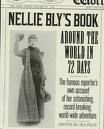









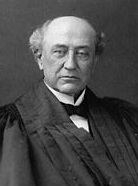


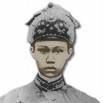

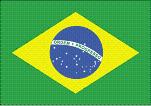





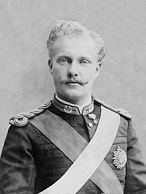


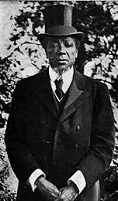















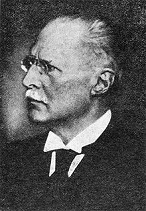
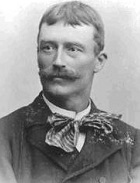



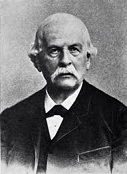








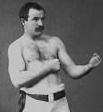
















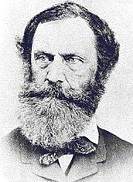

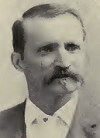
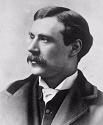





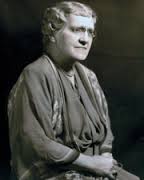
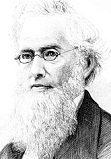

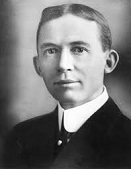


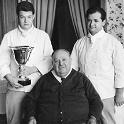



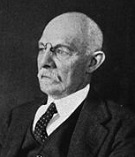
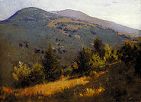
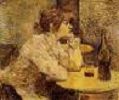
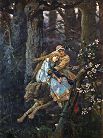
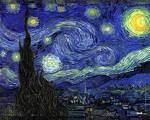



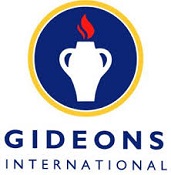
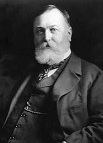
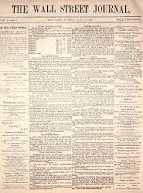
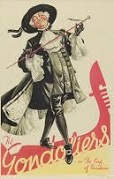
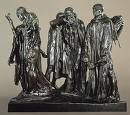

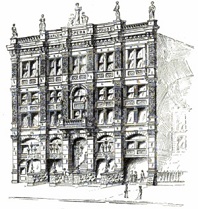
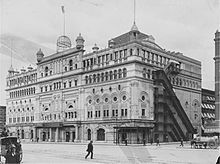
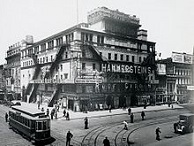
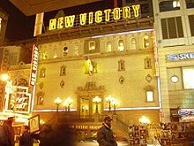
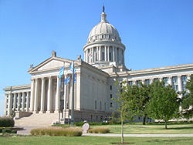
1889 Thank you Waite Court? There are only 140 documented cases of lung cancer worldwide this year. On Jan. 3 so-called "Superman" German philosopher Friedrich Nietzsche (b. 1844) freaks at the flogging of a horse in the Piazza Carlo Alberto in Turin, Italy, and suffers a mental breakdown, moving in with his mother near Weimar, and is cared for by his sister until he crocks on Aug. 25, 1900 in Weimar, Saxony. On Jan. 16 Cloncurry, Queensland sets an Australian record high temp. of 127.5 F (53.1 C); really 47C-49C? On Jan. 19 the first Robert E. Lee Day is celebrated in the Commonwealth of Va. on Lee's birthday; Stonewall Jackson is added in 1904; after the Martin Luther King Jr. Day is forced, er, voluntarily accepted, they celebrate Lee-Jackson Day on the Friday before it. On Jan. 22 Columbia Records (Columbia Graphophone Co.) is founded in Washington, D.C. from the Am. Graphophone Co., successor to the Volta Graphophone Co., becoming the first record co.; at first it supplies U.S. govt. depts. with phonographs for use as dictation machines; Colombia Gramophone Co. is founded in the U.K. On Jan. 28 Dong Khanh (b. 1864) dies, and 10-y.-o. older-than-his-years Thanh Thai (1879-1954) becomes emperor of French-controlled Vietnam (until 1907), living through both world wars only to see his own country begin to go down the toilet? On Jan. 30 the Mayerling Incident sees Austrian-Hungarian Emperor Francis Josef I's only son and heir crown prince Archduke Rudolf (b. 1858) commit suicide at his hunting lodge in Mayerling after killing his babe Baroness Maria Vetsera (b. 1871); his daddy had tried to force them to break up and they made a suicide pact, after which there's a coverup? - there's some things money can't buy, for everything else there's credit or debit what? On Mar. 2 outgoing Pres. Cleveland signs the 1889 U.S. Indian Appropriations Act, officially opening the Unassigned Lands to white settlers under the U.S. Homestead Act, with the Sooner Clause denying rights to land claimed by those who enter illegally; later in the year an amendment is signed by new Pres. Benjamin Harrison, relaxing some rules. On Mar. 4 the Repub.-controlled Fifty-First (51st) U.S. Congress convenes (until Mar. 3, 1891), becoming known as the Billion Dollar Congress for its lavish spending, incl. generous pensions for Civil War vets incl. noncombatants and children of vets; when it hits them in the pocket book, the public turns against it and lines up to reelect stingy Cleveland in 1892; meanwhile on Dec. 4 6'1" 300 lb. Maine Repub. Thomas Brackett "Czar" Reed (1839-1902) allies with Theodore Roosevelt to defeat William McKinley of Ohio to become Speaker #32 of the U.S. House (until Mar. 3, 1891, then from Dec. 2, 1895- Mar. 3,9), going on to use his chairmanship of the Houses Rules Committee to work to increase the speaker's power, causing the Battle of the Reed Rules, with Reed uttering the soundbyte: "The best system is to have one party govern and the other party watch"; Reed goes on to become a longtime rival of McKinley. Twenty-three is Benny? On Mar. 4 North Bend, Ohio-born Miami U. grad. and Presbyterian deacon in Ind. (good orator) (5'6 - only U.S. president shorter than the nat. avg.) Benjamin Harrison (1833-1901) AKA "the Centennial President", "Young Tippecanoe", "the Pious Moonlight Dude" (for his romantic ways), "the Human Iceberg" (for his glacial personality), "Kid Gloves Harrison" (worn to prevent skin infection), "Little Ben" (for his short stature) (4th pres. with a beard until ?), (the Front Porch Campaigner" (for the almost 90 campaign speeches given from his Indianapolis porch), great-grandson of a DOI signer, grandson of "Old Tippecanoe" Pres. William Henry Harrison, and son of a U.S. Sen. becomes the 23rd U.S. pres. (until Mar. 4, 1893) in the 30th U.S. Pres. Inauguration in a rainstorm in the U.S. Capitol in Washington, D.C. , becoming the 3rd time (1824, 1876) that the winner of the popular vote loses the election; the oath of office is administered by chief justice Melville W. Fuller in a rainstorm while ex-Pres. Cleveland holds an umbrella over his head; Shoreham, Vt.-born Levi Parsons Morton (1824-1920) of N.Y. becomes the 22nd U.S. vice-pres. (until Mar. 4, 1893); Buffalo Bill marches in the inaugural parade; the USMC Band conducted by John Philip Sousa plays at the inaugural ball in the Pension Bldg. before a large crowd; First Lady is former music teacher Caroline Lavinia Scott Harrison (1832-92), who next year co-founds and becomes pres.-gen. #1 of the Daughters of the Am. Rev. (DAR), and is into China painting, starting a nat. craze; Harrison's inaugural address contains the soundbyte: "As president of the United States, I was present at the first Pan-American Congress in Washington D.C. I believe that with God's help, our two countries shall continue to live side-by-side in peace and prosperity"; Harrison soon proclaims that the pres. should be a passive figure, and proves it, although a record six new U.S. states are admitted during his term (N.D., S.D., Mont., Wash., Idaho, Wyo.); James G. Blaine becomes secy. of state again (#28, #31) (until June 4, 1892); Victorian Christian gentleman and Philly dept. store king John Wanamaker (1838-1922) is appointed U.S. postmaster gen. #35 (until Mar. 4, 1893), championing parcel post, rural free delivery, and postal savings banks; Abe Lincoln's eldest son Robert Todd Lincoln (1843-1926) is appointed U.S. minister to Britain (until Mar. 4, 1893); the White House is wired for electricity while Pres. Harrison is in office, but he and his wife are too afraid to touch the switches - put your feet up, Mister President, but not there? On Mar. 6 after adopting a new more liberal constitution on Jan. 3, Serbian king (since Mar. 6, 1882) Milan I Obrenovich (b. 1854) suddenly abdicates and moves to Paris, and his teenie son Alexander I Obrenovic (Obrenovich) (1876-1903) becomes the last Obrenovic king of Serbia (until June 11, 1903), with regents appointed until he reaches age 18. On Mar. 9-10 the Battle of Metemma (Gallabat) sees 85K Sudanese forces of the Mahdi dug in at Gallabat attacked by 150K Ethopian forces under Emperor Yohannes (Johannes) IV of Ethiopia, who is about to win when he is KIA on Mar. 10, causing his army to desert, and the dead emperor to be captured and his head sent as a trophy to Omdurman; on Mar. 10 he is succeeded by his son Shewa prince Mengesha Yohannes (1868-1906), but within weeks the nobles desert him for Menelik II (Sahle Maryam) (1844-1913), who decides to stop offensive actions against the Mahdi; on May 2 King Menelik II of Ethiopia and Count Pietro Antonelli of Italy sign the Treaty of Wuchale (Ucciale), ceding parts of Ethiopia incl. Bogos, Hamasien, Akkele Guzay, Serae, and parts of Tigray in return for financial and military assistance; too bad, when Menelik learns that the Italian version of Article 17 claims a protectorate over Ethiopia backed by Britain, he gets pissed-off and denounces it; Menelik uses one of those newfangled electric chairs for a throne; meanwhile Anglo-Egyptian forces under Gen. Horatio Herbert, 1st Earl Kitchener of Khartoum (1850-1916) recapture Khartoum, although the Madhist regime hangs on until 1899. On Mar. 16 a total of six warships from Britain (Calliope), Germany (Adler, Eber), and the U.S. (Trenton, Vandalia, Lipsic) arrive in Apia, Samoa, after which a hurricane destroys all of them except British warship Calliope, killing 146, causing the civil war to cease long enough to rescue survivors from the surf; in Dec. all three countries agree to give Samoa to Germany, Tonga to Britain, and the seven islands to the E to the U.S. On Mar. 23 Punjabi-born Mirza Ghulam Ahmad (1839-1908) declares himself the Mahdi and Messiah and founds the Muslim Ahmadiyya sect (named after Muhammad not himself, he claims), which intiates new members by joining hands and reciting a pledge, and claims that Jesus died a natural death without being crucified or ascending to heaven, but went to India, and since he appeared 1,400 years after Moses, he is appearing 1,400 years after Muhammad; after being rejected by the rest of Islam and persecuted, the 4M followers in Pakistan are declared non-Muslims by the govt. in 1974 for denying that Muhammad is the final prophet; the sect founds a mosque in New York City in 1921, claiming to be the first Muslim-Am. org. On Mar. 31 French engineer ("the Magician of Iron") Alexandre Gustave Eiffel (Bonickhausen dit Eiffel) (1832-1923) unfurls the French tricolor from atop his $1M 7.3K-ton 1,056-ft. (300.65m) 1,652-step Eiffel Tower ((AKA La Dame de Fer) in Paris on the Champ de Mars (begun 1887), officially marking its completion in celebration of the centennial of the 1789 French Rev. as the entrance arch for the Exposition Universelle, becoming the tallest man-made structure on Earth (2x as tall as the Washington Monument) until the Chrysler Bldg. in 1930; initially condemned by critics as a "monstrosity" and a disgrace to Paris, who form a committee to have it removed, the cost of construction is recovered from sightseers' fees during the first year of operation; originally issued a 20-year permit, set to be dismantled in 1909, it is saved for use as a radio tower, and France's first radio program is broadcast from it in 1921; during the Nazi occupation in 1940-4 the French almost demolish it to prevent the Nazis from using it for communications - I fell off the Eiffel? On Apr. 1 Hiroshima officially becomes a city, with Akira Miki as mayor #1. On Apr. 7 after a LDS Church gen. conference reorganizes the First Presidency with him as pres., Wilford Woodruff Sr. (1807-98) (who joined way back on Dec. 31, 1833, becoming the first fly fisherman in the Rocky Mts., preaching a sermon on Aug. 22, 1868 prophesying the end of the world and Second Coming of Jesus, and marrying 9-12 wives from 1837-77, forcing him to live on the lam) becomes Mormon pres. #4 (until Sept. 2, 1898), going on to make the big decision to end polygamy in the church inside the U.S. while secretly encouraging it outside the U.S. (incl. on the high seas), founding the Genealogical Society of Utah on Nov. 13, 1894 and announcing the policy of sealing individuals to their direct ancesors instead of church leaders. On Apr. 15 Father Damien (b. 1840) dies of leprosy, and Father Joseph (Ira Dutton) (1843-1931) becomes leader of the leper colony in Molokai, Hawaii. On Apr. 22 (noon) the Oklahoma Land Rush (Run) ("Hoss Race") begins, opening the vacated Indian territory of Oklahoma to 50K eager "sooner" white settlers (Tom Cruise and Nicole Kidman?) waiting at the borders to claim 2M acres of land divided into 160-acre homesteads, while what's left of the Injuns go bonkers; Nannita Regina H. "Kentucky" Daisey (1855-) becomes the first person to claim a homestead tract; Guthrie City (new capital) (founded Apr. 22) and Oklahoma City (OKC) (founded Apr. 22) (modern pop 630K/1.46M) swell with Sooners, with the pop. of Guthrie and OKC starting at 10K, and OKC passing Guthrie up and becoming the state capital in 1910, causing the Okla. State Capitol to be built in 1914-17, becoming the only one in the U.S. with active oil rigs; the dome isn't completed until 2002 - everybody talks about how tough their truck is? In Apr. 1889 after the Daggs family from Tex. becomes the first white family to settle it, Ada, Okla. (originally Daggs Prairie) in Pontotoc County, SC Okla. goes on the map when Tex.-born Jeff Reed is appointed to carry U.S. mail from Stonewall to Center, settling there, building a post office in 1891, and naming the town after his eldest daughter; in 1901 Ada is incorporated, growing rapidly after the St. Louis and San Francisco Railway, Santa Fe Railroad, and Okla. Central Railway arrive, becoming the HQ of the Chickasaw Nation. On May 1 Paris stages its first May Day celebration, which becomes a Socialist holiday, and on May 6 the 1889 Paris Exposition (Exposition Universelle) (3rd Universal Exhibition since 1867) formally opens in Paris (until Oct. 31), featuring the hometown favorite Eiffel Tower, an "odious shadow of a great lady"; Thomas Edison exhibits his phonograph and electric light; the U.S. gets jealous and begins planning for a bigger better exhibition on Columbus' 400 anniv. in 1892. On May 1 after the London Syndicate proposes a merger of Schlitz, Pabst, and Blatz in Milwaukee, and Schlitz and Pabst decline the offer, Valentin Blatz Brewing Co. sells part of its business to the English conglomerate Milwaukee and Chicago Breweries Ltd. (originally United States Brewing Co.) for $2.5M, which in June merges with Chicago cos. M. Brand Brewing Co., Bartholomae & Leicht Brewing Co., Bartholomae & Roesing Brewing and Malting Co., Ernst Brothers Brewing Co., and K.G. Schmidt Brewing Co. (makers of Budweiser brand), utilizing the established Blatz distribution network; also in 1889 Franz Falk Brewing Co. and Jung & Borchert Brewing Co. in Milwaukee merge to form Falk, Jung & Borchert Brewing Co, which is acquired in 1893 by Pabst; also in 1889 18 breweries in St. Louis, Mo. merge into the English syndicate St. Louis Brewing Assoc., and in 1890 six breweries in New Orleans, La. merge into the New Orleans Brewing Co.; by 1891 24 English syndicates acquire 80 U.S. breweries and two malt houses; in 1892 the English syndicates start price wars, dropping Chicago beer prices from $6/barrel to $3.50/barrel in 1899 21 breweries merge to form the Pittsburgh Brewing Co. in Penn.; in 1901 10 breweries in Boston, Mass. merge to form the Mass. Breweries Co. Ltd., and 16 breweries in Baltimore, Md. merge to form the Gottlieb-Bauernschmidt-Straus Brewing Co.; in 1905 15 breweries in Pittsburgh, Penn. merge to form the Independent Brewing Co.; meanwhile in 1893 the Prohibitionists form the Anti-Saloon League. On May 2 King Menelik II of Ethiopia and Count Pietro Antonelli of Italy sign the Treaty of Wuchale (Ucciale), ceding parts of Ethiopia incl. Bogos, Hamasien, Akkele Guzay, Serae, and parts of Tigray in return for financial and military assistance; too bad, the Italians later claim that Article 17 makes Ethiopia their protectorate, while the Ethiopians claim a verb was mistranslated. On May 7 after a bequest from the will of Baltimore merchant-banker Johns Hopkins (1795-1873), $2M Johns Hopkins Hospital in Baltimore, Md. opens, utilizing state-of-the-art heating and ventilation to check the spread of disease; Canadian-born physician Sir William Osler (1849-1919) becomes its first chief physician, helping found the Johns Hopkins U. School of Medicine next year, and becoming one of its first professors of medicine, organizing a model teaching clinic, causing him to become known as "the Father of Modern Medicine"; in 1890 rubber gloves are first used in surgery in Johns Hopkins Hospital in Baltimore, Md. after New York-city-born surgeon William Stewart Halsted (1852-1922) who performed the first complete radical mastectomy in the U.S. in 1882 (which becomes the std. treatment) proposes Halsted's Principles of Asepsis, going on to design the U.S. residency training system. On May 31 after looking over their shoulder, the British Parliament passes the Naval Defence Act of 1889, adopting the "two-power standard", that the Royal Navy should maintain a number of battleships at least equal to the fleets of the two next strongest naval powers France and Russia combined, causing it to begin strengthening its fleet with £21.5M for 10 new battleships over the next 5 years, along with 38 new cruisers, 18 new torpedo boats, and four new fast gunboats; too bad, it starts an arms race, with the French and Russians building a combined 12 new battleships in 1893-4, compared to 10 for Britain. On May 31 the 1889 Johnstown Flood sees the South Fork Dam on the Conemaugh River 12 mi. E of the city break, and Johnstown, Penn. wiped out by a terrific flood of waters from 3-mi.-long 60-ft.-deep Conemaugh Lake, pouring out at 20 mph and killing 2,209 and causing $12M property damage, becoming the greatest single-day civilian loss of life in the U.S. until 9/11; relief is sent from all over the U.S., and the city is speedily rebuilt. On June 14 the Wild Bunch Gang of Robert Le Roy Parker (AKA Butch Cassidy) (1866-1908), incl. Harry Alonzo Longabaugh (AKA the Sundance Kid) (1867-1908), Tom McCarty and his brother-in-law Matt Warner rob the San Miguel Valley Bank in Telluride, Colo of $20K, then hole-up in Robbers Roost in SE Utah, launching the legendary career of Paul Newman and Robert Redford, er, Butch Cassidy and the Sundance Kid. In June the Swiss govt. arrests and expels a Prussian policeman attempting to capture a spy on Swiss territory, causing Bismarck to demand an apology and threaten invasion to establish his own police force; after the Swiss Council stands up to him, he backs down and drops it. On July 8 Dow, Jones & Co. of New York City begins pub. the daily business-focused newspaper The Wall Street Journal (originally the Customers' Afternoon Report), featuring the Dow Jones Average; in Mar. 1903 "short rotund powerhouse" Am. journalist Clarence W. Barron (1855-1928) purchases the co. for $130K, raising circ. from 7K to 50K by his death, attaining the largest circ. of any U.S. newspaper by modern times (2.27M in 2017), winning 40 Pulitzer Prizes; it launches an online version in 1996. On July 14 the Second International is founded in Paris by delegates from 20 countries; it is dissolved in 1916. On July 22 the San Diego Cable Railway in Calif. is incorporated, running its first cars next June 7. On Aug. 5 Conservative Roberto Sacasa Sarria (1840-96) becomes pres. of Nicaragua (until July 11, 1893). On Aug. 14 the London Dock Strike of 1889 breaks out, becoming a V for 100K strikers, giving their unions grate powah even though the members are unskilled; Cardinal Manning participates as mediator, impressing Hilaire Belloc, causing him to become a critic of capitalism and socialism alike. On Aug. 16 the Battle of Richmond in Richmond, Tex. between the two sides in the Jaybird-Woodpecker War (begun 1888) causes Tex. gov. (1887-91) Lawrence Sullivan "Sul" Ross (1838-98) (former Texas Ranger and Confed. col.) to declare martial law and negotiate a settlement giving the white Jaybird faction control of the govt. for decades to come - you build a better mousetrap you get a smarter mouse? On Sept. 10 Charles III (b. 1818) dies, and his son Albert I (1848-1922) becomes Grimaldi prince of Monaco (until June 26, 1922). On Oct. 3 King Lobengula of Matabeleland signs the Rudd Concession, giving Bill Gates, er, Cecil Rhodes what kingy thought were only mining rights for 25 years in return for a little bitty money and weapons; too bad, the document he signed hands them the whole country for a box of trinkets Manhattan style, and Rhodes goes on to amalgamate the Kimberley diamond companies, absorb rival Barnato, and achieve a diamond-mining monopoly (over 90%), while getting ready to colonize his new African digs; the cagey king shoulda smelled a rat when the Brits insisted that they will not colonize his kingdom, but made him promise to prohibit Boers and Portuguese from settling there; by the time he realizes that they are movin' on up to the East Side, and his proud Zulu warriors and their spears are no match for the new improved Brits with Maxim machine guns, he's lucky to have five years left?; meanwhile Cecil Rhodes obtains mining concessions from Lozi king (1878-1884, 1885-1916) Lewanika I (1842-1916) of the Barotse in Northern Rhodesia, and sends white settlers under rule of his new British South Africa Co., which is granted a royal charter (until 1924); British Bechuanaland is incl. in the grant, but they never administer it. On Oct. 14 Armenia, Colombia between Bogota and Colombia in coffee-growing country is founded by "Tigrero" (jaguar killer) Jesus Maria Ocampo. On Oct. 19 king (since Nov. 11, 1861) Luis I (b. 1838) dies, and Carlos I (the Diplomat) (1863-1908) becomes king of Portugal (until Feb. 1, 1908), presiding over its capitulation in Africa to the U.K. and its double bankruptcy in 1892 and 1902. On Nov. 2 "Sioux State", "Flickertail State", "Peace Garden State", "Rough Rider State" North Dakota (N.D.) (Sioux "allies") is admitted as the 39th U.S. state; "Mount Rushmore State", "Coyote State" South Dakota (S.D.) (Sioux "allies") as the 40th U.S. state on Nov. 2; "Treasure State" Montana (Mont.) (Sp. "mountain") (Sp. motto "oro y plata", "gold and silver") as the 41st U.S. state on Nov. 8, with capital at Helena instead of Anaconda after Copper King William Andrews Clark Sr. (1839-1925) bribes legislators, which is exposed in 1899, helping pass the 17th Amendment to the U.S. constitution; "Evergreen State" Washington (Wash.) (motto: Al-Ki, Indian for "by and by") as the 42nd U.S. state on Nov. 11 - don't laugh at these names, your descendants might end up moving there? The Geraldo of the 19th century? On Nov. 14 good-looking New York World daredevil reporter Nellie Bly (1864-1922), who last year spent 10 days in the Blackwell's Island insane asylum in New York City pretending to be insane to expose them takes Jules Verne up on his novel thesis and sets out on a 24,899-mi. round-the-world trip from Hoboken, N.J., arriving back in New York next Jan. 25 in a record 72 days, 6 hours, 11 min. 14 sec.; she retires from journalism in 1895 after marrying millionaire manufacturer Robert Seaman (1822-1904), then returns to reporting after employee embezzlement ruins the co. On Nov. 15 after the slaves are freed in Brazil, the military, led by Gen. Manuel Deodoro da Fonseca (1827-92) (who was removed as gov. of Rio Grande do Sul province in 1889 for repub. sympathies) overthrows Brazilian emperor (since Apr. 7, 1831) Pedro II (1825-91), who goes into exile in France, and a new Repub. of Brazil (Republica Velha) (Old Repub.) is declared (ends 1930), with Fonseca as pres. #1 (until Nov. 23, 1891), and Rio de Janeiro as the capital; on Nov. 19 a new Brazilian Flag is adopted consisting of a blue disc depicting a starry sky spanned by a curved band reading "Ordem e Progresso" (Order and Progress) and "L'amour pour principe et et l'ordre pour base; le progres pour but" (Love as a principle and order as the basis; progress as the goal) inside a yellow rhombus on a green field; two military dictatorships rule Brazil for the next four years. In Nov. John Adrian Louis Hope, 1st Marquess of Linlithgow, Viscount Aithrie and 7th Earl of Hopetoun (1860-1908) arrives in Melbourne as British gov. of Victoria (until 1895). On Dec. 18 after being nominated on Dec. 4 by Pres. Benjamin Harrison to fill a seat vacated by Stanley Matthews, Smyrna, Turkey-born David Josiah Brewer (1837-1910) becomes U.S. Supreme Court justice #51 (until Mar. 28, 1910). On Dec. 24 Charles Stewart (Stuart) Parnell's 7-year affair with married-but-separated aristocratic English woman Katharine "Katie" "Kitty" O'Shea (nee Wood) (1846-1921) is exposed when her hubby Capt. William O'Shea, one of his aides files for divorce, naming him as the cuckold, admitting that the capt. is impotent and had tolerated his wick-dipping for several years to get his hands on her inheritance; Parnell goes on to marry Katie next year, but his mainly Roman Catholic constituency abandons him, breaking his heart and leading to an early death in 1891, setting Irish Home Rule way back. On Dec. 29 Glele (ruled since 1858) dies, and is succeeded as king #11 of Dahomey (Benin) (until 1894) by Kondo, who takes the name Behanzin Hossu Bowelle (1844-1906), "the King Shark", continuing Dahome's proud tradition of slavery, superstition, and nude female Dahomey Amazon Warriors. The 1889 Japanese Constitution is promulgated, requiring the Imperial Diet to approve all laws. Gen. Boulanger flees from France to prevent arrest for plotting against the state, winning the French Third Repub. respect with the people. Chilean pres. Jose Manuel Balmaceda closes J.T. North's railway to stop British control of the nitrate industry in Tarapaca, causing Britain to begin plotting his overthrow. Christians in Crete revolt against the Muslim Ottomans again, causing the latter to crack down harder and suspend all arrangements for Christian representation in govt. After advice by Dutch Islam convert Christiaan Snouck Hurgronje (1857-1936) (who was allowed to make the hajj to Mecca in 1885, becoming one of the first Western Orientalists) the Dutch govt. begins applying Dutch Politiek, a policy of discouraging political Islam in Indonesia, with a view toward long-term Christanization and/or secularization. 74-y.-o. Bismarck gets old age pensions enacted in Germany. The Becerra Law in the Philippines sets up town councils in an attempt to modernize govt. admin. Britain declares a protectorate over Tokelau in the South Pacific. Irish-born Richard Croker Sr. (1843-1922) becomes the boss of Tammany Hall in New York City, amassing millions of dollars and living on Fifth Ave., complete with his own private railroad car; he retires in 1903, and his horse Orby wins the English Derby in 1907 - this is no social crisis, just another tricky day for you? The Young Turk Movement against the regime of Sultan Abdul Hamid II is formed as the Committee of Union and Progress (CUP) secret society by military medical school students in Istanbul, becoming known as the Deep State (Derin Deviet). Irish poet William Butler Yeats returns from London to Dublin after nine years, and gonne and falls maudly in love with Irish patriot and babe Maud Gonne (1866-1953), who hooks him into the Irish nationalist movement, then dumps him in 1891 after joining the Order of the Golden Dawn with him and meeting old flame Lucien Millevoye (1850-1918), a French journalist with whom she has two children; after dumping him in 1899, Yeats goes at her again, but she dumps him in 1902 for keeps after she converts to Roman Catholicism and he won't follow suit, marrying Irish republican Maj. John MacBride (1865-1916) in 1903, who gets executed in the 1916 Easter Rising. A U.S.-backed co. begins building a canal through Nicaragua. Nine small Malaysian states are federated into Negri Sembilan ("nine states"); curry-loving Penang on the E coast of the Malay Peninsula is placed under British protection, where it exports gold, lead, tin, rattans, guttapercha, and dammar (varnish) - ratta-tatt-tatt? The Bat Creek Stone in E Tenn. is discovered; does it contain ancient Hebrew or Welsh inscriptions? After Columbia U. refuses to admit women but lets them audit classes, causing her to create a committee of 50 prominent New Yorkers to support it, Barnard College for women is founded in Morningside Heights, Manhattan, N.Y. (across from Columbia U.) by Annie Nathan Meyer (1867-1951), named after late pres. #10 of Columbia U. (1864-89) Frederick Augustus Porter Barnard (1809-89); in 1983 when Columbia U. goes coed, it doesn't. English physician Sir Wilfred Thomason Grenfell (1865-1940) joins the Royal Nat. Mission for Deep Sea Fisherman, and organizes the first hospital ship for fishermen. The state of N.J. passes favorable corporate laws that attract J.D. Rockefeller to locate Standard Oil there. The Nat. Assoc. of Regulatory Utility Commissioners (NARUC) is founded in Washington, D.C. for state public service commissioners who regulate essential utility services. Progressive movement leader Jane Addams (1860-1935) et al. found Hull House in Chicago, Ill. for poor immigrant families, providing recreational facilities for kids and English language instruction, eventually expanding from 1-13 bldgs., and in 1912 its own summer camp, Joseph T. Bowen Country Club in Waukegan, Ill.; in 1931 Addams becomes the first U.S. woman to receive a Nobel Peace Prize. Elon U. in N.C. receives a charter from the state of N.C., going on to become a leading coed liberal arts U. in the Am. South. Cecil Reddie (1858-1932) founds Abbotsholme School in Rocester, Staffordshire, England, becoming the first British progressive school, with scope for extra-curricular activities to produce well-rounded students. After donating 40 acres of land in Denver, Colo. in 1887 to the Jesuits, who found Regis U., John Brisben Walker (1847-1931) buys Cosmopolitan Mag., selling it to William Randolph Hearst in 1905 for $400K-$1M. Hungarian-born Arthur Nikisch (1855-1922) becomes conductor of the Boston Symphony Orchestra (until 1893). 8'4" Ella Ewing (1872-1913) of Mo. is hired by a Chicago museum curator to exhibit herself for $250/week, going on to pay off her family's farm and build a dream home with 10-ft. ceilings, 9-ft. doors, 8-ft. windows and a 9-ft. bed, "praising God and blessing Him for her extreme height". The descendants of Luke Hansard (1752-1828) discontinue the compilation and printing of the Hansard, the official record of proceedings of the British Parliament. Dutch-born Edward William Bok (1863-1930), who formed the Bok Syndicate Press in 1886 and made money pub. the sermons of clergyman Henry Ward Beecher becomes ed. of Ladies' Home Journal in Philly. The Oklahoman (originally the Daily Oklahoman) daily newspaper is founded in Oklahoma City, Okla. by Knoxville, Tenn.-born prohibitionist evangelist Samuel White "Sam" Small (1851-1931), and acquired in 1903 by Edward King "E.K." Gaylord (1873-1974) (until 1974), becoming the state's largest daily newspaper (until ?); on Sept. 15, 2011 Denver, Colo. businessman Philip Anschutz is announced as the buyer, and the sale is closed in Oct. Silver is discovered in Willow Creek Canyon in SW Colo.; in June 1891 the Holy Moses silver (amethyst) vein is discovered by Fort Wayne, Ind.-born Nicholas C. Creede (nee William "Billy" Harvey) (1843-97) at Jimtown on East Willow Creek above its junction with West Willow Creek, which is renamed Creede, Colo., becoming the last 19th cent. Colo. silver boom town, growing to 10K pp. in Dec. 1891; meanwhile municipal elections in Denver, Colo. are corrupted by crime boss Soapy Smith, who pays off the mayor, and the chief of police, causing them to be called "the firm of Londoner, Farley and Smith"; the mayor loses his job, but Soapy is untouched, but in 1892 anti-gambling and saloon reforms cause him to leave for the new silver-mining boom town of Creede declaring himself boss in 1892, get his brother-in-law William Sidney "Cap" Light (1863-93) appointed as deputy marshal, opening the Orleans Club saloon and gambling hall, and exhibiting the fake petrified man McGinty for 10 cents admission; in 1892 after hearing that the reforms are being abolished, Soapy returns to Denver just before a business district fire on June 5, 1892 that destroys the Orleans Club. The town of Lakewood, Colo. between Denver and Golden is founded by Ill.-born Golden, Colo. founder William Austin Hamilton Loveland (1826-94), who plats a 13-block area along W Colfax Ave. in E Jefferson County, retiring there for life; it is not incorporated until 1969 under the name Jefferson City; it becomes known for an orthodox Jewish community, motels, used car lots, biker bars, and shopping centers incl. JCRS Mall, Westland Mall, and Villa Italia on W Alameda Ave., never developing a central business district. Aunt Jemima self-rising pancake flour makes its commercial debut, making Nancy Green (1834-1923) into the advertising world's first living trademark - you want to do what to it, Howard? The first of 75 (by 1918) Ethiopian Independent Churches is founded in South Africa. The U.S. Dept. of Agriculture (USDA) is given cabinet status. The first Russian Wolfhound is imported to the U.S. from England. By this year the great Am. buffalo (bison herds) have been reduced by whitey from a high of 50M in pre-white days to maybe 1K. In Nov. Clemson U. (originally Clemson Agricultural College of S.C. until 1964) in Clemson, S.C. is founded as an agricultural college by a land bequest from Thomas Green Clemson (1807-88), husband of John C. Calhoun's daughter Anna Maria Calhoun, sited on Fort Hill, the John C. Calhoun's 1825-50 home, and modeled after Miss. State U., admitting only white male students, although blacks and women aren't officially banned; it also houses a military college; it goes coed in 1955; sports teams are called the Tigers, with the tiger paw becoming the logo in 1970; alumni incl. U.S. Supreme Court justice James F. Byrnes, S.C. gov. Nikki Haley, U.S. Sen. (D-S.C.) Strom Thurmond, and Chicago Bears player William "Refrigerator" Perry. The Nat. Zoo is founded in Washington, D.C.; next year it merges with the Smithsonian. Penn Square's Central Market is founded in Lancaster, Penn., becoming the oldest continuously operated farmer's market in the U.S. by modern times. Paris-born Andre (André) Paul Guillaume Gide (1869-1951) begins writing his public Journal (until 1949). Susan la Flesche Picotte (1865-1915) of the Omaha tribe in Neb. becomes the first Native Am. female physician. London-born Socialist Freethinker Annie Besant (1847-1933) (associate of Charles Bradlaugh, who was once arrested with her for immorality for pub. Charles Knowlton's The Fruits of Philosophy advocating birth control) joins the Theosophical Society, working up to pres. by 1907; meanwhile she leaves for India, becoming a leader of the Hindu nationalist movement. Charles Sherlock Fillmore (1854-1948) and Mary Caroline "Myrtle" Page Fillmore (1845-1931) found the New Thought Unity (Unity Church) in Kansas City, Mo. French chemist Pierre Berthelot, who was elected sen. for life in 1881 succeeds Louis Pasteur as perpetual secy. of the French Academy of Sciences. Barnum and Bailey's Circus opens in Olympia, London. The London County Council is founded (until 1965) as the principal local govt. body for London. The Witwatersrand Chamber of Mines is formed in South Africa. The French Panama Canal Co. (founded 1879) goes bankrupt after removing 78M cubic yards of earth, 30M of which are later used by the U.S. effort - call the tailor? Noah Webster's copyright expires, allowing anybody to pub. a Webster's dictionary. During a French escargot shortage, Oysters Rockefeller (named after America's richest man John D. Rockefeller) is invented by Jules Alciatore of Antoine's Restaurant in New Orleans, La., taking the recipe to the grave with him after repeatedly denying that it contains spinach. Nintendo Co. is founded in Kyoto, Japan on Sept. 23 by Fusajiro Yamauchi (1859-1940) to manufacture playing cards (hanafuda). Modell's sporting goods chain is founded in Manhattan, N.Y. by Hungarian immigrant Morris A. Modell. Armand Peugeot (1849-1915) of French bicycle maker Peugeot (founded 1810) produces his first steam tricycle, which proves unreliable; in 1890 he produces his first automobile with a Panhard-Daimler engine, 3-point suspension, and sliding gear; in 1896 he splits out the Societe des Automobiles Peugeot, and begins building engines, becoming successful in auto racing; in 1899 300 units are sold; in 1903 motorcycles are added to the product line; by 1903 Peugeot has 50% of the French automobile market; by the 1930s their trademark becomes the protected position of the headlights behind the grill; in 1974 Peugeot buys 30% of Citroen, and takes it over completely in 1975; in Feb. 2014 the Peugeot family agrees to give up control in return for the French govt. and Dongfeng Motors of China each buying 14% stakes, giving the three partners equal voting rights. Maison Pic (L'Auberge du Pin) in Valence, Drome, France is opened by Eugene Pic and Sophie Pic, earning three Michelin stars in 1939 under their son Andre Pic (1893-1984) (known for his crayfish gratin, Pike Richelieu, and pig bladder chicken), then losing star #3 in 1946, and star #2 in 1950, causing Andre's son Jacques Pic (1932-92) to become a chef, winning back star #2 in 1959, and star #3 in 1973; too bad, in 1995 it loses star #3, causing Jacques' daughter Anne-Sophie Pic (1969-) to take over from her brother Alain Pic, regaining it in 2007. Sports: On Mar. 14 Harvard introduces spring practice to collegiate football. On July 18 John L. Sullivan defeats Jake Kilrain (John Joseph Killion) (1859-1937) in the last championship bare knuckle fight; the bout lasts 75 rounds and takes 2:16:23. On Oct. 6 German explorer and geologist Hans Heinrich Josef Meyer (1858-1929) and Austrian mountaineer Ludwig Purtscheller (1849-1900) become the first to scale dramatic 19,341 ft. (5,895m) Mount Kilimanjaro, Africa's highest mountain, in Tanganyika between Lake Victoria and the Indian Ocean 130 mi. SSE of Nairobi, rising 16K ft. from the surrounding terrain, formed from three extinct volcanoes, and consisting of two volcanic peaks 7 mi. apart, Kibo (19,335 ft.) and Mawenzi (16,893 ft.), plus a distant 3rd, Shira (12,999 ft.); despite being near the equator, it has permanent glaciers, as does 2nd highest Mt. Kenya; after scaling Kibo, Mayer names it Kaiser Wilhelm Spitze (Kaiser Wilhelm Peak) after Wilhelm I, which is changed to Uhuru Point in 1961; an attempt to climb Mawenzi only reaches Klute Peak, causing Mawenzi's highest summit to be named Hans Meyer Peak, which is first climbed in 1912; Kibo isn't claimed again until 1909. On Oct. 18-29 the 1889 World Series sees the New York Giants (NL) defeat the Brooklyn Bridegrooms (AL) by 6-3; Game 1 at the Polo Grounds witnesses a seventh-inning stretch after someone cries "Stretch for luck". The first World All-Round Speed Skating Championship is held in the Netherlands. Yale U. football coach (captain of the 1878 and 1879 Yale football teams) ("Father of Am. Football") Walter Chauncey Camp (1859-1925), known for attending every important rule committee meeting until his death and for revising the rules of football initiates the practice of naming the best college football players each season for the College Football All-American Team, and popularizing All-Am. teams with Caspar Whitney via articles in This Week's Sports mag. and Collier's mag. Architecture: In Nov. 306-ft.-tall Bennington Battle Monument in Vt. (begun 1887) is completed to commemorate the Aug. 17, 1777 Battle of Bennington, becoming the tallest on Earth (until ?); at the top visitors can see Vt., N.Y., and Mass. The 7.5-mi. narrow-gauge Celestial Railroad, between Jupiter and Lake Worth Fla. opens, becoming the smallest and most southern railroad in the U.S., with way stations named Venus and Mars; it is auctioned off in 1896 after Henry M. Flagler builds Palm Beach, Fla., and builds another railroad that bypasses it. The Daft Block in Salt Lake City, Utah is built for Sarah Daft by Mormon architect Elias Lacy Thomas Harrison (1830-1900); in 1908 Brigham Young's watchmaker John Daynes buys it for his Daynes Jewelry Co. Wealthy Stettin, Prussia-born Jewish cigar manufacturer Oscar Hammerstein I (184-1919) builds his first theater, the Harlem Opera House at 211 West 125th St. in Harlem, Manhattan, N.Y., becoming the first theater in Manhattan, followed in 1890 by Columbus Theatre on 125th St., in 1893 by the Manhattan Opera House on 34th St., and on Nov. 25, 1895 by the Olympia Theatre at 1514-16 Broadway in Longacre (later Times) Square, which debuts his comic opera Santa Maria before failing, followed in 1899 by the Victoria Theatre at 42nd Street and Seventh Ave., which goes vaudeville in 1904 under the mgt. of his son William "Willie" Hammerstein (1875-1914) (father of Oscar Hammerstein II) before failing in 1915, along with the Paradise Roof Garden atop the Victoria Theatre and Theatre Republic; he follows on Sept. 27, 1900 with the Theatre Republic at 209 West 42nd Street (between 7th and 8th Aves.), which he leases in 1902 to producer David Belasco, who renames it the Belasco Theatre, then changes it in 1910 to the Republic Theater; in 1931 Bill Minsky acquires it and turns it into Minsky's Burlesque, featuring stripper Gypsy Rse Lee; in 1942 it becomes the Victory Movie Theater; in 1972 it becomes the first 42nd St. theater to show XXX porno films; in 1990 New 42nd Street Inc., owned by New York City and the state of N.Y. for redevelopment of seven aging theaters between 7th and 8th Aves. takes it over and restores it, and on Dec. 11, 1995 rename it the New Victory Theater, the area's first theater for families and children, and the oldest operating theater in New York City; he follows on Dec. 5, 1904 with the Lews Fields Theatre at 254 West 42nd Street, and in 1906 by his 2nd Manhattan Opera House at 311 West 34th Street to compete with the Metropolitan Opera, followed in 1908 by the Philadelphia Opera House in Philly. The Shah Jahan Mosque is built in Woking, Surrey, becoming the first purpose-built mosque in Britain. The Wheeler Opera House opens in the booming mining town of Aspen, Colo. Inventions: On June 21 after making the first moving pictures on celluloid film last year in Hyde Park, London, Bristol-born English portrait photographer William Freeze-Frame, er, William Friese-Greene (1855-1921) receives patent #10,131 for his Chronophotographic Camera, which can take 4-5 (up to 10?) photographs per sec. using peforated celluloid film, and sends info. on it to Thomas Edison, who is busy developing his Kinetoscope; too bad, the low frame rate causes it to become a flop, and he goes bankrupt in 1891; he then invents Biocolour, using B&W film with two different colored filters, and alternate frames of the monochrome print stained red or green. On Aug. 27 Am. chemist Henry M. Reichenbach of Eastman Kodak develops the first roll film using celluloid substrate, and on Dec. 10 George Eastman is granted a patent for flexible celluloid film. On Oct. 6 W.K.L. Dickson makes the first sound film, with the soundbyte "Good morning, Mr. Edison. How do you like this?"; on Nov. 23 the first Jukebox is installed at the Palais Royale Saloon in San Francisco, Calif., consisting of an Edison phonograph with four coin-operated listening tubes. The first working electric elevator is installed in the Demarest Bldg. in New York City at 339 Fifth Ave. in Manhattan. English chemist Sir Frederick Augustus Abel, 1st Baronet (1827-1902) invents Cordite smokeless propellant (58% nitroglycerine, 37% guncotton, 5% petroleum jelly), which is used in 303 British Mark I and Mark II rifle cartridges in 1891-1915, and the detonation system of the Little Boy a-bomb dropped on Hiroshima in Aug. 1945. William Gray of Hartford, Conn. receives a patent on Aug. 13 for a coin-operated telephone box, and installs the first one at a bank in Hartford. The Pizza is invented by baker Rafaele Esposito of Naples for King Umberto I of Italy and his wife Margherita. French inventor Louis Ducos du Hauron proposes the Polyfolium Chromodialytique concept of 3-layer color film; too bad, he never makes a working model. Oskar Messter of Germany develops a projector using a Maltese Cross shutter mechanism. Reaper-mower manufacturer Jacob Hiram Myers (1841-1920) of Rochester, N.Y. receives a patent for the Automatic Voting Machine (AVM), which catches on and becomes a monopoly until 1936, when the Shoup Voting Machine Corp. (founded 1905 by Samuel R. Shoupbecomes a competitor, introducing the Model 2.5 in 1935, which takes over,. selling 100K machines by 2000. Valdemar Poulsen of Denmark patents a magnetic recorder. N.Y.-born Kansas City, Mo. undertaker Almon Brown Strowger (1839-1902) of the U.S. invents an automatic electromechanical telephone switching device, and patents it in 1891, opening the first commercial telephone exchange on Nov. 3, 1892 in La Porte, Ind. with 75 subscribers (cap. 99). Science: Swift's Second Comet is first observed (period 7.0 years). German pathologist-histologist Richard Altmann (1852-1900) purifies protein-free DNA, coining the term "nucleic acid' to supplant Friedrich Miescher's term "nuclein", later discovering it contained a large amount of protein; in 1890 he pub. "The Elementary Organism" (Die Elementarorganismen), describing filaments he found in nearly all cell types using a new staining technique, which he calls "bioblasts" but are later found to be mitochondria. Spanish histologist Santiago Ramon y Cajal (1852-1934) discovers the mechanisms of gray matter nerve cells, then in the next two years isolates Cajal's Cells (Cajal-Retzius Cells) near the brain surface, and demonstrates the changes they undergo while functioning, founding modern neuroscience and winning the 1906 Nobel Med. Prize. Julius Elster and Hans Geitel of Germany observe photoelectric activity in sodium, cesium, and rubidium. ? Von Mehring and ? Minkowski of Germany prove that the pancreas secretes insulin, preventing diabetes. Italian mathematician Giuseppe Peano (1858-1932) pub. the Peano Axioms, which define the natural numbers in terms of sets. Italian astronomer Giovanni Virginio Schiaparelli (1835-1910) discovers the synchronous rotations of planets Mercury and Venus. Nonfiction: Henry Brooks Adams (1838-1918), The History of the United States of America During the Administration of Thomas Jefferson and James Madison 1801-1817 (9 vols.) (1889-91); focuses on diplomacy, making use of secret European archives to present an intimate picture of Jefferson, who faced the dilemma of governing an egalitarian society in a world that aggrandizes power; draws mixed reviews, from "A history yet to be replaced" by C. Vann Woodward to "misjudged the state of the nation in 1800" by Noble Cunningham. George Bancroft (1800-91), Martin Van Buren to the End of His Public Career. Hilaire Belloc (1870-1953), Danton. Henri Bergson (1859-1941), Essai sur les Donnees Immediates de la Conscience. Madame Helena Blavatsky (1831-91), The Key to Theosophy; presents Theosophy in a question-and-answer format; makes a fan of Mohandas Gandhi, who writes the soundbyte in his autobio.: "This book stimulated in me the desire to read books on Hinduism, and disabused me of the notion fostered by the missionaries that Hinduism was rife with superstition." The Voice of the Silence (The Book of the Golden Precepts); "The Mind is the great Slayer of the Real. Let the Disciple slay the Slayer." Charles Booth (1840-1916), Life and Labour of the People of London (17 vols.) (1889-1903); shows "a numerical relation which poverty, misery, and depravity bear to regular earnings and comparative comfort"; categorizes the poor as Class A: "Vicious: borderline semi criminal" or Class B: "Casual earnings very poor. The labourers do not get as much as three days work a week, but it is doubtful if many could or would work full time for long together if they had the opportunity." - the original "Statistics Lie"? Robert Seymour Bridges (1844-1930), On Prosody of Paradise Regained and Samson Agonistes. Bernhard ten Brink (1841-92), Geschichte der Englischen Literatur (1889-93). Oscar Browning (1837-1923), Modern England, 1815-1885. Samuel Butler (1835-1902), Shakespeare's Sonnets Reconsidered. Andrew Carnegie (1835-1919), The Gospel of Wealth; how the super-rich should be trustees of great wealth, and administer it for the public good; "The man who dies... rich dies disgraced" - must coverup the crime behind the fortune? Paul du Chaillu (1835-1903), The Viking Age. Richard T. Ely (1854-1943), Social Aspects of Christianity, and Other Essays. Francis Galton (1822-1911), Natural Inheritance; coins the term "eugenics". Ignac Goldziher (1850-1921), Muhammedanische Studien (2 vols.) (1889-1890); a Jew gets so immersed in the study of Islam that he almost becomes a Muslim; shows how the ahadith grew for two cents. after Muhammad's death; claims that Islamic law (Sharia) owes its origins to Roman law. Ferdinand Gregorovius, History of Athens in the Middle Ages, from Justinian to the Turkish Conquest. William Torrey Harris (1835-1909), The Philosophy of Education; "Substantial education... scientifically defined, is the subsumption of the individual"; "The great purpose of school can be realized better in dark, airless, ugly places... It is to master the physical self, to transcend the beauty of nature. School should develop the power to withdraw from the external world"; from the horse's mouth, the U.S. Commissioner of Education from 1889-1906. William Henry Herndon (1818-91) and Jesse William Weik (1857-1930), Lincoln: The True Story of a Great Life (3 vols.); rev. ed. pub. in 1892; pisses-off Lincoln worshippers with its exposure of his dirty laundry incl. his mother's illegitimacy, negative portrayal of Mary Todd Lincoln (Herndon's personal enemy), and his suicidal depression; Robert Todd Lincoln denounces it for claiming that Ann Rutledge was the only love of his daddy's life, and for the negative portrayal of his mother and her domestic life, causing meager royalties. William Henry Hudson (1841-1922), Argentine Ornithology; anything about bird girl? Thomas Henry Huxley (1825-95), Agnosticism: Collected Essays. J.K. Huysmans (1848-1907), Certains; art criticism. Richard Jefferies (1848-87), Field and Hedgerow: Being the Last Essays of Richard Jefferies (posth.). Fanny Kemble (1809-93), Far Away and Long Ago. Andrew Lang (1844-1912), Letters on Literature. Cesare Lombroso (1835-1909), The Man of Genius; artistic genius is a form of hereditary insanity? Henry Dunning Macleod (1821-1902), The Theory of Credit; the first work to create a theory of money from a theory of credit instead of vice-versa, known as the Credit Theory of Money, influencing Chartalism and Institutional Economics; "Money and Credit are essentially of the same nature: Money being only the highest and most general form of Credit." Sir Gaston Maspero (1846-1916), Les Momies Royales de Deir el-Bahri. John Bach McMaster (1852-1932), Outline of the Lectures of the Constitutional History of the United States, 1789-1889. Max Mueller (1823-1900), Six Systems of Hindu Philosophy; Natural Religion (Gifford Lecture). Prentice Mulford (1834-91), Thoughts Are Things; helps to launch the New Thought movement; "'To thine own self be true' is an oft-uttered adage. But to which self? The higher or lower?" Friedrich Nietzsche (1844-1900), Twilight of the Gods (Idols); or, How to Philosophize with a Hammer (Gotzendammerung) (Götzendämmerung); disses modern German culture as suffering from "cultural decadence", pointing to Caesar, Napoleon, Goethe, Thucydides, and the Sophists as the way to go, promoting the Transvaluation (Revaluation) of All Values, touting the ancient Romans as superior to the ancient Greeks. Santiago Ramon y Cajal (1852-1934), Manual de Histologia Normal y Technica Micrografica. Ernest Renan (1823-92), Examen de Conscience Philosophique. Theodore Roosevelt (1858-1919), The Winning of the West (4 vols.) (1889-96); supports his belief in the superiority of the Nordic race in the struggle between civilization and savagery, and backs social Darwinism; "The settler and pioneer have at bottom had justice on their side; this great continent could not have been kept as nothing but a game preserve for squalid savages"; "The most ultimately righteous of all wars is a war with savages"; "It is of incalculable importance that America, Australia, and Siberia should pass out of the hands of their red, black, and yellow aboriginal owners, and become the heritage of the dominant world races"; "The world would have halted had it not been for the Teutonic conquests in alien lands; but the victories of Moslem over Christian have always proved a curse in the end. Nothing but sheer evil has come from the victories of Turk and Tartar." William Sharp (1855-1905), Life of Robert Browning; The Children of Tomorrow. Leo Tolstoy (1828-1910), The Power of Darkness. Graham Wallas (1858-1932), Property Under Socialism. Lester Wallack (1820-89), Memories of Fifty Years (posth.). Friedrich von Wieser (1851-1926), Natural Value (Der Naturliche Werth); disciple of Carl Menger proposes the Alternative (Opportunity) Cost Doctrine, and coins the term "marginal utility" (Grenznutzen), which replaces William Stanley Jevons' "final degree of utility", and Carl Menger's "value". August Weismann (1834-1914), Essays on Heredity. Music: Sabine Baring-Gould (1834-1924), Songs and Ballads of the West (1889-91); West England that is (Devon and Cornwall). Ernest Chausson (1855-99), Symphony No. 1 in B-flat, Op. 20. Claude Debussy (1862-1918), Cinq Poemes de Baudelaire. Cesar Franck (1822-90), Symphony in D minor (Feb. 17) (Paris Conservatory); his biggest hit. Gustav Mahler (1860-1911), Symphony No. 1 in D major ("Titan") (Budapest). Sir Hubert Parry (1848-1918), Ode on St. Cecilia's Day. David George Ritchie (1853-1903) (ed.), The Early Letters of Jane Welsh Carlyle [1826-66]. John Philip Sousa (1854-1932), The Washington Post March; written for their annual contest. Sir William Schwenck Gilbert (1836-1911) and Arthur Sullivan (1842-1900), The Gondoliers (comic operetta #12) (Savoy Theatre, West End, London) (Dec. 7) (554 perf.); a young bride wants to marry the heir to the throne of Barataria, who was raised by a drunken gondolier as his own son, and after the king dies both sons jointly rule because nobody knows which is the real one; meanwhile they marry local girls, and the bride-to-be is in love with another man. Richard Strauss (1864-1949), Don Juan (symphonic poem) (Weimar). Peter Tchaikovsky (1840-93), The Sleeping Beauty (ballet); (Mariinsky Theatre, St. Petersburg); based on Charles Perrault's "La Belle au Bois Dormant"; the last act Aurora's Wedding is often performed alone; Tsar Alexander III comments "Very nice". Art: Pierre Puvis de Chavannes (1824-98), Alma Mater (mural) (Sorbonne, Paris). Aime-Jules Dalou (1838-1902), Triumph of the Republic (sculpture) (Place de la Nation, Paris). Ramon de Elorriaga, The Inauguration of George Washington. Vincent van Gogh (1853-90), Landscape with Cypress Tree; Starry Night; becomes his most famous painting; Irises; bought at auction in New York City in 1987 for $53.9M. Anna Klumpke (1856-1942), Portrait of Elizabeth Cady Stanton. Auguste Rodin (1840-1917), The Burghers of Calais (Les Bourgeois de Calais) (sculpture); about the humiliating terms of surrender to the English in the 1347 siege of Calais. Giovanni Segantini (1858-99), The Drinking Place. Abbott Thayer (1849-1920), Mount (Grand) Monadnock Series (1889-1917); the weird isolated 3,165-ft. inselberg (kopje) in SW N.H. obsesses the dude? Henri de Toulouse-Lautrec (1864-1901), The Hangover; model is Suzanne Valadon. William Quiller Orchardson (1832-1910), The Young Duke. Marie Spartali Stillman (1844-1927), Messer Ansaldo Showing Madonna Dionara His Enchanted Garden. Viktor Vasnetsov (1848-1926), Ivan Tsarevich Riding the Grey Wolf. Plays: J.M. Barrie (1860-1937), A Window in Thrums. David Belasco (1853-1931) and Henry Churchill de Mille (1855-93), The Charity Ball. Anton Chekhov (1860-1904), The Wedding. Gerhart Hauptmann (1862-1946), Before Dawn (Vor Sonnenaufgang); founds naturalistic drama. Bronson Crocker Howard (1842-1908), Shenandoah; about the U.S. Civil War; first successful production of Charles Frohman. Jerome K. Jerome, Three Men in a Boat. Henry Arthur Jones (1851-1929), The Middleman. Maurice Maeterlinck (1862-1949), La Princesse Maleine (first play); makes him an instant star; Serres Chaudes. Arthur Wing Pinero (1855-1934), The Profligate. August Strindberg (1849-1912), Miss Julie; Pariah; Among French Peasants; Creditors. Hermann Sudermann (1857-1928), Die Ehre. Leo Tolstoy (1828-1910), The Power of Darkness. Poetry: Jules Amedee Barbey d'Aurevilly (1808-89), Amaïdée. Katharine Lee Bates (1859-1929), Sunshine and Other Verses for Children; incl. Goody Santa Claus on a Sleigh Ride, which introduces Mrs. Claus. Robert Browning (1812-89), Asolando (last work). William Wilfred Campbell, Lake Lyrics and Other Poems. Eugene Field (1850-95), Wynken, Blynken, and Nod (original title "Dutch Lullaby") (Mar. 9); "Wynken, Blynken, and Nod one night/ Sailed off in a wooden shoe - / Sailed on a river of crystal light,/ Into a sea of dew"; A Little Book of Western Verse. Herman Gorter (1864-1927), Mei (May). William Sharp (1855-1905), American Sonnets. Edward Rowland Sill (1841-87), The Hermitage and Later Poems (posth.). Algernon Charles Swinburne (1837-1909), Poems and Ballads, 3rd ed.. Arthur Symons (1865-1945), Days and Nights (debut). Alfred, Lord Tennyson (1809-92), Crossing the Bar; instructs his son Hallam to put it at the end of all eds. of his poems. William Butler Yeats (1865-1939), The Wanderings of Oisin. Novels: Emilia Pardo Bazan (1851-1921), Insolacion; Morrida. Walter Besant (1836-1901), The Bell of St. Paul's; To Call Her Mind. Bjornstjerne Bjornson (1832-1910), In God's Way. Paul Bourget (1852-1935), Le Disciple. Lewis Carroll (1832-98), Sylvie and Bruno; followed by "Sylvie and Bruno Concluded" (1893). Mary Cholmondeley (1859-1925), Sir Charles Danvers. Wilkie Collins (1824-89), Blind Love. Marie Corelli (1855-1924), Ardath. Louis Couperus (1863-1923), Eline Vere (first novel); makes him an instant celeb. Richard K. Fox, Belle Starr, the Bandit Queen, or the Female Jesse James; a dime novel pub. in the year of her death makes her a posth. celeb. Anatole France (1844-1924), Thais. James Anthony Froude (1818-94), The Two Chiefs of Dunboy. George Gissing (1857-1903), The Nether World. Maxim Gorky (1868-1936), Foma Gordeev. H. Rider Haggard (1856-1925), Cleopatra; Allan's Wife. Margaret Wolfe Hungerford (1855-97), A Life's Remorse; A Troublesome Girl. Jerome K. Jerome (1859-1927), Three Men in a Boat; three friends row up the Thames from Hampton Court to Oxford with their dog; a "classic of whimsical humour" - pip, pip, bloody bloody, and all that rot? Andrew Lang (1844-1912), Prince Prigio; The Blue Fairy Book; a hit, causing him to crank out a long series of different-colored fairy books to keep him in the green. Emily Lawless (1845-1913), Plain Frances Mowbray and Other Tales. Pierre Loti (1850-1923), Japoneries d'Automne. Guy de Maupassant (1850-93), Strong as Death (Fort comme la Mort) . Kalman Mikszath (1847-1910), The Magic Caftan. Gilbert Parker (1862-1932), The Vendetta. Banjo Paterson (1864-1941), Clancy of the Overflow (Dec. 21). Arthur Quiller-Couch (1863-1944), The Splendid Spur. Wilhelm Raabe (1831-1910), Das Odfeld. Edgar Saltus (1855-1921), The Pace That Kills; A Transient Guest and Other Episodes. Vsevolod Solovyov (1849-1903), The Magi. Bertha von Suttner (1843-1914), Die Waffen Nieder! (Lay Down Your Arms!); Erzahlte (Erzählte) Lustspiele. Carmen Sylva (1843-1916) (tr.), The Bard of Dimbovitza. Mark Twain (1835-1910), A Connecticut Yankee in King Arthur's Court; Hank the Yankee is hit with a sledgehammer and wakes up guess where; history is changed by a time traveller's actions?; invents the idea of the electric fence. Giovanni Verga (1840-1922), Maestro Don Gesualdo; the Italian "Madame Bovary"? Constance Fenimore Woolson (1840-94), Jupiter Lights. Births: Am. Adams' Catalyst organic chemist Roger Adams (d. 1971) on Jan. 2 in Boston, Mass.; educated at Boston Latin School, and Harvard U. Australian Sufi Muslim convert Friedrich von Frankenberg (d. 1950) on Jan. 2 in Germany; immigrates to Australia in 1927. Am. "The Girl from Mars" sci-fi writer Miles John Breuer (d. 1945) on Jan. 3 in Chicago, Ill.; Czech immigrant parents; educated at the U. of Chicago. Am. New York State Supreme Court justice Joseph Force "Good Time Joe" Crater (d. 1930) on Jan. 5 in Easton, Penn.; educated at Lafayette College, and Columbia U. English civil engineer Arthur Clifford Hartley (d. 1960) on Jan. 7 in Kingston upon Hull, East Riding of Yorkshire; educated at Imperial College London. French poet-politician (Roman Catholic) ("the French Goebbels") Philippe Henriot (d. 1944) on Jan. 7 in Reims. Am. Kool-Aid inventor Edwin Elijah Perkins (d. 1961) on Jan. 8 in Lewis, Iowa. U.S. Lt. Gen. Delos Carleton Emmons (d. 1965) on Jan. 17 in Huntington, W. Va. Am. Lockheed Corp. co-founder Allan Haines Loughead (Lockheed) (d. 1969) on Jan. 20 in Niles, Calif.; son of novelist Flora Loughead; brother of Malcolm Loughead (Lockheed). Am. sociologist Pitirim Alexandrovich Sorokin (d. 1968) on Jan. 21 in Touria, Russia; emigrates to the U.S. in 1923. Mexican newspaper publisher Rafael Alducin (d. 1924) on Jan. 22 in San Andres Chalchicomula, Puebla. Australian aviation pioneer (Hawker Aircraft co-founder) Harry George Hawker (d. 1921) on Jan. 22 in Moorabbin, Melbourne, Victoria. German Gen. Hermann-Bernhard Ramcke (d. 1968) on Jan. 24 in Schleswig. Am. quantum physicist Edwin Crawford Kemble (d. 1984) on Jan. 28 in Delaware, Ohio; educated at Harvard U. French Gen. Jean Joseph Marie Gabriel de Lattre de Tassigny (d. 1952) on Feb. 2 in Mouilleron-en-Pareds (Vendée). Danish #1 "Passion of Joan of Arc", "Vampyr" film dir.-scriptwriter Carl Theodor Dreyer (d. 1968) on Feb. 3 in Copenhagen. Am. historian Charles Kelly (d. 1971) on Feb. 3 in Cedar Springs, Mich; educated at Valparaiso U. Austrian Nazi sculptor Josef Thorak (d. 1952) on Feb. 7 in Salzburg. Norwegian dramatist Helge Krog (d. 1962) on Feb. 9 in Christiana. Am. comedy actor-dir.-writer-producer Lawrence "Larry" Semon (d. 1928) on Feb. 9 in West Point, Miss.; known for over-expensive filmmaking habits. Welsh "Fame is the Spur" novelist Robert Howard Spring (d. 1965) on Feb. 10 in Cardiff. Am. Hunt Oil founder Haroldson Lafayette Hunt Jr. (d. 1974) on Feb. 17 near Ramsey, Ill.; father of Nelson Bunker Hunt (1926-). Am. silent film actress Ormetta Grace "Ormi" Hawley (d. 1942) on Feb. 21 in Holyoke, Mass. English "The Idea of History" philosopher-historian Robin George Collingwood (d. 1943) on Feb. 22 in Cartmel Fell, Lancashire; educated at Rugby School, and Univ. College, Oxford U. Am. "The Wizard of Oz", "Gone With the Wind" film dir. Victor Lonzo "Vic" Fleming (d. 1949) on Feb. 23 in Pasadena, Calif. Am. Repub. N.H. gov. (1925-7, 1931-5) and U.S. diplomat to the U.K. (1941-6) John Gilbert Winant (d. 1947) on Feb. 23 in New York City; educated at Princeton U. Canadian distiller (founder of Seagram's Ltd.) (Jewish) (Zionist) Samuel Bronfman (d. 1971) on Feb. 27 in Soroki, Bessarabia, Russia; emigrates to Canada in 1899; father of Edgar Miles Bronfman Sr. (1929-2013). Am. jazz cornetist (black) Freddie (Freddy) Keppard (d. 1933) on Feb. 27 in New Orleans, La.; brother of Louis Keppard (1888-1986). French poet-novelist-critic (coiner of the term "Noveau Roman") Emile Henriot (d. 1961) on Mar. 3 in Paris. U.S. Hawaii gov. #10 (1951-3) and U.S. Sen. (D-Hi.) (1959-62) Oren Ethelbirt Long (d. 1965) on Mar. 4 in Altoona, Kan.; educated at the U. of Mich., and Columbia U. Portuguese king #34 (1908-10) Manuel II (d. 1932) on Mar. 19 in Lisbon; 2nd son of Carlos I and Amelie of Orleans; grandson of Louis I; younger brother of Luis. Am. "Perils of Pauline" silent film actress ("the Stunt Queen") Pearl Fay White (d. 1938) on Mar. 4 in Green Ridge, Mo.; one of the few actresses to add years (8) to her age to avoid Mary Pickford type child roles. German "The Holy Mountain" bergfilm dir. Arnold Fanck (d. 1974) on Mar. 6 in Frankenthal. Libyan king #1 (only) (Sunni Muslim) Idris I (Muhammad Idris bin Muhammad al-Mahdi as-Senussi) (d. 1983) on Mar. 12 in Al-Jaghbub; grandson of Muhammad ibn Ali as-Senussi (1787-1859). Argentine "La Prensa" ed. Alberto Gainza Paz (d. 1977) on Mar. 16 in Buenos Aires. Am. "Thin Man" film dir. (Christian Scientist) Woodbridge Strong "Woody" Van Dyke (d. 1943) on Mar. 21 in San Diego, Calif. Kiwi Lt. Gen. Bernard Cyril Freyberg, 1st Baron Freyberg (d. 1963) on Mar. 21 in Richmond, London, England; New Zealand gov.-gen. (1946-52); known for his swimming prowess. English Olympic athlete Albert George Hill (d. 1969) on Mar. 24 in Tooting, London. Am. "The Sound of Music" actor-playwright-producer Howard Lindsay (d. 1968) on Mar. 28 in Waterford, N.Y.; collaborator of Russel Crouse (1893-1966). Am. "The Cisco Kid in In Old Arizona" actor Warner Leroy Baxter (d. 1951) on Mar. 29 in Columbus, Ohio; grows up in San Francisco, Calif. Am. "Footlight Parade", "Dinner at Eight" actor Herman Meyer Bing (d. 1947) on Mar. 30 in Frankfurt-am-Main, Germany. Chilean "La Flor del Aire" feminist poet Gabriela Mistral (Lucilla del Maria del Perpetuo Socorro Godoy Alcayaga) (d. 1957) on Apr. 7 in Vicuna; first Latin Am. to win Nobel Lit. Prize (1945). English BBC Symphony Orchestra conductor (1930-78) Sir Adrian Cedric Boult (d. 1983) on Apr. 8 in Chester; educated at Westminster School and Christ Church, Oxford U. Am. violinist-composer-conductor (Jewish) Efrem Zimbalist Sr. (d. 1985) on Apr. 9 in Roston on Don, Russia; emigrates to the U.S. in 1911; husband (-1938) of Alma Gluck (1884-1938) and (1943-) Mary Louise Curtis Bok Zimbalist (1876-1970); father of Efrem Zimbalist Jr. (1918-); grandfather of Stephanie Zimbalist (1956-). French philosopher Louis Auguste Paul Rougier (d. 1982) on Apr. 10 in Lyon; educated at the U. of Lyon, and the Sorbonne. Am. "Tiger Rag" jazz cornetist (white) Dominic James "Nick" LaRocca (d. 1961) on Apr. 11 in New Orleans, La.; Sicilian immigrant parents. Am. "The American Black Chamber" WWI cryptologist Herbert Osborne Yardley (d. 1958) on Apr. 13 in Worthington, Ind. English "challenge and response, time of troubles, and universal state" historian Arnold Joseph Toynbee (d. 1975) on Apr. 14 in London; nephew of Arnold Toynbee (1852-83); educated at Winchester College, and Balliol College, Oxford U. Am. "Homestead", "Lonesome Road", "Susanna and the Elders" muralist Thomas Hart Benton (d. 1975) on Apr. 15 in Neosho, Mo.; grandnephew of U.S. Sen. Thomas Hart Benton (1782-1858). Am. civil rights and labor leader (black) Asa Philip Randolph (d. 1979) on Apr. 15 in Crescent City, Fla. German-Am. art dealer (Jewish) (founder of the Blue Four) Galka "Emmy" Esther Scheyer (d. 1945) on Apr. 15 in Braunschweig. The last half of April 1889 is a very funny month for Satan? English "The Tramp" comedian-actor-dir.-producer (Protestant) Sir Charles Spencer "Charlie" Chaplin (d. 1977) on Apr. 16 [Aries] in Walroth, London; knighted in 1975; husband (1918-20) of Mildred Harris, (1924-8) Lita Grey, (1936-42) Paulette Goddard (1910-90), and (1943-77) Oona O'Neill (1925-91); father of Charles Chaplin Jr. (1925-68), Sydney Chaplin (1926-), and Geraldine Chaplin (1944-). Am. composer-bandleader Arthur Lange (d. 1956) on Apr. 16. German Nazi justice minister (1942-5) Otto Georg Thierack (d. 1946) on Apr. 19 in Wurzen, Saxony. Nazi artist-dictator chancellor (1933-45) (Teppichfresser) (never a paper hanger?) Adolf (Ger. "noble wolf") Hitler (Ger. "smallholder") (d. 1945) on Apr. 20 [Aries - that makes him an Arien?] at 6 p.m. in Braunau am Inn, Austria; son of Alois Hitler (1837-1903) (Schicklgruber until 1876) (half Jewish?) (who beats him, turning him into a momma's boy), and Klara Hitler (1860-1907); on Apr. 22 at 15:45 "Adolfus" is baptized by Roman Catholic Father Ignaz Probst; has some poor Irish relatives; his godparents are Johann and Johanna Prinz from Vienna (via Spital), and Klara's sister Johanna; goes to high school in Linz with Jewish philosopher Ludwig Wittgenstein, then drops out to become a painter - was he ever young and his heart an open book? Peruvian pres. (1939-45, 1956-62) Manual Prado y Ugarteche (d. 1967) on Apr. 21 in Lima; son of Mariano Ignacio Prado (1826-1901). Swiss chemist Paul Karrer (d. 1971) on Apr. 21 in Moscow; educated at the U. of Zurich; synthesizes riboflavin (1935). German SS Gen. Richard Gluecks (Glücks) (d. 1945) on Apr. 22 in Odenkirchen. Am. Mormon leader Henry Dinwoodey Moyle (d. 1963) on Apr. 22 in Salt Lake City, Utah; educated at the U. of Utah, U. of Chicago, and Harvard U. Dutch Rear Adm. Karel Willem Frederik Marie Doorman (d. 1942) on Apr. 23 in Utrecht. British Labour politician Sir Richard Stafford Cripps (d. 1952) on Apr. 24 in London; nephew of Beatrice Webb (1858-1943); educated at Univ. College London; father of Peggy Cripps (1921-2006). Am. "Gentlemen Prefer Blondes" screenwriter-novelist Corinne Anita Loos (d. 1981) on Apr. 26 in Sisson (Mount Shasta), Calif. Austrian neo-Positivist philosopher (destroyer of metaphysics) (Roman Catholic) Ludwig Josef Johann Wittgenstein (d. 1951) on Apr. 26 in Wittgenstein Palace, Vienna; son of Karl Wittgenstein (1847-1913), head of the 2nd wealthiest family in Austria-Hungary behind the Rothschilds, and Leopoldine "Poldi" Kalmus; 2nd cousin of Friedrich August von Hayek (1899-1992). German Gen. Friedrich Gollwitzer (d. 1977) on Apr. 27 in Bullenheim. Norwegian poet-novelist-dramatist Arnulf Overland (d. 1968) on Apr. 27. Portuguese dictator PM #100 (1932-68) and economist (Roman Catholic) Antonio (António) de Olveira Salazar (d. 1970) on Apr. 28 in Vimeiro, Santa Comba Dao; educated at the U. of Coimbra. English Sopwith Camel aircraft designer Herbert Smith (d. 1977) on May 1 in Bradley, North Yorkshire; educated at Bradford Technical College. Am. "Mrs. Bailey in It's a Wonderful Life", "Ma Cooper in Make Way for Tomorrow" actress Beulah Bondi (Bondy) (d. 1981) on May 3 in Valparaiso, Ind.; plays James Stewart's mother in four films. Am. newspaper publisher (founder of Central Newspapers Inc.) Eugene Collins Pulliam (d. 1975) on May 3 in Ulysses, Kan.; maternal grandfather of Dan Quayle (1947-). Am. Roman Catholic cardinal (1946-) and archbishop of New York (1939-) Francis Joseph Spellman (d. 1967) on May 4 in Whitman, Mass. Am. typographer (inventor of Times New Roman) Stanley Morison (d. 1967) on May 6. British pacifist leader (Anglican) Reginald Clifford Allen (d. 1939) on May 9 in Newport, South Wales; educated at Peterhouse College, Cambridge U. German Gen. Sigfried Henri (d. 1964) on May 10 in Soest. Am. "The Merry Widow" actress-dancer ("Girl with the Bee-Stung Lips") ("Gardenia of the Screen") Mae Murray (Marie Adrienne Koenig) (d. 1965) on May 10 in Portsmouth, Va.; wife (1918-25) of Robert Z. Leonard (1889-1968). English painter Paul Nash (d. 1946) on May 11 in London. Am. labor leader (Jewish) Bas Sheva "Bessie" Abramowitz Hillman (d. 1970) on May 15 in Linoveh (near Grodno), Russia; emigrates to the U.S. in 1905; wife (1916-) of Sidney Hillman (1887-1946). Icelandic novelist (in Danish) Gunnar Gunnarsson (d. 1975) on May 18 in Fljotsdalur. Am. air pollution-challenged engineer-chemist-inventor (freon, tetraethyl lead) Thomas Midgley Jr. (d. 1944) on May 18 in Beaver Falls, Penn.; educated at Cornell U. Austrian-Am. psychiatrist (founder of psychodrama and group psychotherapy) (Jewish) Jacob Levy Moreno (Iacob Levy) (d. 1974) on May 18 in Bucharest, Romania; educated at the U. of Vienna; emigrates to the U.S. in 1925. Am. "Nola" pianist-composer Felix Arndt (d. 1918) on May 20; mother Countess Fevrier is a relative of Napoleon III. U.S. asst. atty.-gen. (1921-9) ("First Lady of Law") Mabel Walker Willebrandt (nee Mabel Elizabeth Walker) (d. 1963) on May 23 in Woodsdale, Kan.; educated at Arizona State U. and USC. Am. helicopter inventor Igor Ivanovich Sikorsky (d. 1972) on May 25 in Kiev, Ukraine. English Basic English linguist Charles Kay Ogden (d. 1957) on June 1 in Fleetwood, Lancashire; educated at Magdalene College, Cambridge U. Japanese "Bridge on the River Kwai" actor Sessue (Kintaro) Hayakawa (d. 1973) on June 10 in Minamiboso, Chiba. Russian "Poem Without a Hero" poet Anna Akhmatova (Anna Andreevna Gornko) (d. 1966) on June 11 in Odessa, Ukraine. French aviator (first WWI fighter ace) ("King of the Sky") Adolphe Celestin Pegoud (Célestin Pégoud) (d. 1915) on June 13 in Montferrat, Isere. Am. "Perpetual War for Perpetual Peace" historian Harry Elmer Barnes (d. 1968) on June 15 in Auburn, N.Y.; educated at Syracuse U., and Columbia U. Am. "Benjamin Henry Latrobe" architectural historian Talbot Faulkner Hamlin (d. 1956) on June 16 in New York City; educated at Amherst College, and Columbia U. French Resistance martyr Jean Moulin (d. 1943) on June 20 in Beziers. Am. "High Sierra" actor Donald MacBride (d. 1957) on June 23 in Brooklyn, N.Y. Am. auto racer Howard Samuel "Howdy" Wilcox (d. 1923) on June 24 in Crawfordsville, Ind. U.S. Maj. Gen. Russell Peter "Scrappy" Hartle (d. 1961) on June 26 in Chewsville, Md. Japanese Gen. Shozo Sakurai (d. 1985) on June 27 in Hagi, Yamaguchi. Egyptian journalist Abbas Mahmud al-Aqqad (d. 1964) on June 28 in Aswan. Am. "Camille", "The Four Horsemen of the Apocalypse" screenwriter-dir. June Mathis (June Beulah Hughes) (d. 1927) on June 30 in Leadville, Colo.; first female exec at MGM, the highest paid exec in Hollywood in 1926; believes in reincarnation, and wears an opal ring for inspiration. Indian banker-diplomat Sir Benegal Rama Rau (d. 1969) on July 1 in Hubli, S India; husband of Dhanvanthi Rama Rau (1893-1987); father of Santha Rama Rau (1923-); educated at King's College, Cambridge U.; knighted in 1936. Am. "You're My Everything" lyricist Joe Young (d. 1939) on July 4 in New York City. French "Les Enfants Terribles" "Orphee" writer-dir.-poet-playwriter (bi) (opium addict) Jean Maurice Eugene) (Eugène Clément) Cocteau (d. 1963) on July 5 in Maisons-Lafitte, Yvelines (near Paris); at age nine his atty. father ocmmits suicide, and he leaves home at age 15; friend of Raymond Radiguet (1903-23); lover of Jean Marais (1913-98). Am. auto racer Cyrus Richard Patschke (d. 1951) on July 6 in Lebanon, Penn. U.S. Rep. (D-Tex.) (1945-53) Jesse Martin Combs (d. 1953) on July 7 in Center, Shelby County, Tex. Am. "Friar Tuck in The Adventures of Robin Hood" 300 lb. actor Eugene William Pallette (d. 1954) on July 8 in Winfield, Kan.; goes from slender to fat during his long career, becoming known for his raspy gravelly voice. Am. "Viper Mad" jazz composer-playwright (black) Noble Lee Sissle (d. 1975) on July 10 in Indianapolis, Ind.; educated at De Pauw U., and Butler U.; collaborator of Eubie Blake (1887-1983). Am. basketball player-coach (Jewish) Max "Marty" Friedman (d. 1986) on July 12; partner of Barney Sedran, known as "the Heavenly Twins". Croatian Ustase leader Ante Pavelic (d. 1959) on July 14 in Bradina, Konjic, Bosnia and Herzegovina. Am. "Torch Song", "Tugboat Annie Sails Again" actress Marjorie Rambeau (d. 1970) on July 15 in San Francisco, Calif. Am. auto racer Joseph Crook "Joe" Dawson (d. 1946) on July 17 in Odon, Ind. Am. "Perry Mason" novelist-atty. Erle Stanley Gardner (d. 1970) (AKA A.A. Fair, Kyle Corning, Charles M. Green, Carleton Kendrake, Charles J. Kenny, Les Tillray, Robert Parr) on July 17 in Malden, Mass.; #1 best-selling U.S. author of the 20th cent.; works in an asst. DA's office as a teen. French Radical-Socialist statesman Georges-Etienne Bonnet (d. 1973) on July 22/23 in Bassilac, Dordogne; educated at the Sorbonne. Russian "War and Peace" ballerina-actress Vera Alexeyevna Karalli (d. 1972) on July 27 in Moscow. English "Frankenstein", "Invisible Man" film dir. (gay) James Whale (d. 1957) on July 22 in Dudley, Worcestershire. German West Berlin mayor (1948-53) Ernst Rudolf Johannes Reuter (d. 1953) on July 29 in Apenrade (Aabenraa), Schleswig-Holstein. Am. Little Blue Books publisher-writer (Jewish) (atheist) (Socialist) E. Haldeman-Julius (Emanuel Julius) (d. 1951) on July 30 in Philadelphia, Penn.; Russian Jewish immigrant parents; father of Alice Haldeman-Julius Deloach (1917-91) and Henry Haldeman-Julius (1919-90). Am. electronics engineer (inventor of the Iconoscope) Vladimir Kosmich Zworykin (d. 1982) on July 30 in Murom, Vladimir, Russia; emigrates to the U.S. in 1919. German Stern-Gerlach Effect physicist Walther (Walter) Gerlach (d. 1979) on Aug. 1 in Biebrich, Rhineland Palatinate. Am. "Man Who Came to Dinner", "Brother Rat" film dir. William Jackson Keighly (d. 1984) on Aug. 4 in Philadelphia, Penn. Am. "Earth Triumphant", "John Deth, A Metaphysical Legacy" writer-poet Conrad Potter Aiken (d. 1973) on Aug. 5 in Savannah, Ga.; son of wealthy prominent New England family; brain surgeon father goes nuts and commits murder-suicide on his wife on Feb. 27, 1901, after which he is raised by his great aunt in Mass.; educated at Harvard U; student of George Santayana; lifelong friend of T.S. Eliot. English writer-critic John Middleton Murry (d. 1957) on Aug. 6 in Peckham; husband (1918-) of Katherine Mansfield (1888-1923); educated at Trinity College, Oxford U. Am. baseball player (Boston Braves) Henry Morgan "Hank" Gowdy (d. 1966) on Aug. 24 in Columbus, Ohio. Am. critic-historian-novelist Waldo Frank (d. 1967) on Aug. 25 in Long Branch, N.J. Am. FDR's and Truman's press secy. Stephen Tyree Early (d. 1951) on Aug. 27. Croatian politician (Roman Catholic) Mile Budak (d. 1945) on Aug. 30 in Sveti Rok. Am. "The Gangs of New York" writer-journalist (Methodist) Herbert Asbury (d. 1963) on Sept. 1 in Farmington, Mo. Am. Wagnerian bass-baritone (Jewish) Friedrich Schorr (d. 1953) on Sept. 2 in Nagyvarad (Oradea), Hungary; emigrates to the U.S. in 1933. Dutch aviation pioneer (KLM co-founder) Albert Plesman (d. 1953) on Sept. 7 in The Hague. Am. anti-New Deal "Mr. Republican" U.S. Sen. (R-Ohio) (1939-53) and majority leader (1953) Robert Alphonso Taft (d. 1953) on Sept. 8 in Cincinnati, Ohio; son of pres. William Howard Taft (1857-1930); educated at Yale U. (Skull & Bones); father of Robert Taft Jr. (1917-93); co-author of the 1947 Taft-Hartley Act. French poet Pierre Reverdy (d. 1960) on Sept. 30 in Occitanie, Narbonne; grows up near Montagne Noire; lover (1921-6) of Coco Chanel (1883-1971). Am. humorist-actor-ed. (Algonquin Round Table co-founder) Robert Charles Benchley (d. 1945) on Sept. 15 in Worcester, Mass.; educated at Harvard U.; father of Nathaniel Benchley (1915-81); grandfather of Peter Benchley (1940-2006). Am. "Home to Harlem" novelist (black) (bi) Claude McKay (d. 1948) on Sept. 15 in Clarendon, Jamaica. Am. "Today and Tomorrow" journalist (Jewish) Walter Lippman (d. 1974) on Sept. 23 in New York City; German Jewish immigrant parents; educated at Harvard U. English Guild Fabian Socialist economist George Douglas Howard Cole (d. 1959) on Sept. 25 in Cambridge; educated at St. Paul's School, and Balliol College, Oxford U. German archeologist Gerhard Bersu (d. 1964) on Sept. 26 in Jauer, Silesia. German "Being and Time" existentialist philosopher Martin Heidegger (d. 1976) on Sept. 26 in Messkirch, Baden. Am. "Her Private Affair", "The Girl of the Golden West" actor Harry Bannister (d. 1961) on Sept. 29 in Holland, Mich.; husband (1926-32) of Ann Harding (1902-81). German radical pacifist Karl (Carl) von Ossietzky (d. 1938) on Oct. 3 in Hamburg. Dutch physicist Dirk Coster (d. 1950) on Oct. 5 in Amsterdam. Am. "The Five Ages of Man" historian-philosopher Henry Fitzgerald "Gerald" Heard (d. 1971) on Oct. 6 in London, England; educated at Cambridge U.; emigrates to the U.S. in 1937. Am. "The Divorcee", "Strange Interlude" movie producer-dir. Robert Zigler Leonard (d. 1968) on Oct. 7 in Chicago, Ill.; husband (1918-25) of Mae Murray (1889-1965) and (1926-68) Gertrude Olmstead (1897-1975). Am. Delta Air Lines co-founder Collette Everman Woolman (d. 1966) on Oct. 8 in Bloomington, Ind.; educated at the U. of Ill.; collaborator of Dr. B.R. Coad. British Lt. Gen. Sir Giffard Le Quesne Martel (d. 1958) on Oct. 10 in Milbrook, Southampton; knighted in 1943. Dutch painter-forger Han van Meegeren (Henricus Antonius van Meegeren) (d. 1947) on Oct. 10 in Deventer, Overjissel; makes first forgeries in 1923, two portraits by Frans Hals. Am. explorer-writer Kermit Roosevelt Sr. (d. 1943) on Oct. 10 in Sagamore Hill, Oyster Bay, N.Y.; son of Theodore Roosevelt (1858-1919); educated at Harvard U.; father of Kermit Roosevelt Jr. (1916-2000). English "The Age of the Gods", Progress and Religion", "The Making of Europe" cultural-religious historian (Anglican-to-Roman Catholic convert) ("greatest English-speaking Catholic historian of the twentieth century" - Daniel Callahan) Christopher Henry Dawson (d. 1970) on Oct. 12 in Hay-on-Wye, Powys, Wales; grows up in Yorkshire; educated at Winchester College, and Trinity College, Oxford U. German Roman Catholic theologian ("the 20th Century Doctor of the Church" - Pope Pius XII) Dietrich von Hildebrand (d. 1977) on Oct. 12 in Florence, Italy; son of Adolf von Hildebrand (1847-1921) (a Protestant); converts to Catholicism in 1914, goes anti-Nazi and flees to Vienna in 1933, becoming a favorite of popes John Paul II and Benedict XVI. German Jesuit theologian Erich Przywara (d. 1972) on Oct. 12 in Kattowitz, Upper Silesia. Am. "Imitation of Life", "Mannequin" novelist (Jewish) Fannie Hurst (d. 1968) on Oct. 19 in Hamilton, Ohio; educated at Washington U. of St. Louis. Am. "Dracula", "Berkeley Square" playwright-screenwriter John L. Balderston (d. 1954) on Oct. 22 in Philadelphia, Penn. French "Oh! Calcutta! Calcutta!" artist (anti-clerical, anti-war) Camille Clovis Trouille (d. 1975) on Oct. 24 in La Fere. French "Napoleon", "J'Accuse" dir.-producer-writer-actor (Jewish) Abel Gance (d. 1981) on Oct. 25 in Paris. English "National Velvet", "The Chalk Garden" novelist-playwright Enid Algerine Bagnold, Lady Jones (d. 1981) on Oct. 27 in Rochester, Kent. English Vorticist artist Edward Alexander Wadsworth (d. 1949) on Oct. 29 in Cleckheaton, West Yorkshire. Am. actress ("Kid Nazimova") Dorothy Phillips (Dorothy Gwendolyn Strible) (d. 1980) on Oct. 30 in Baltimore, Md.; wife (1912-23) of Allen Holubar (1888-1923). German Dada photomontage artist (bi) Hannah Hoch (Höch) (d. 1978) on Nov. 1 in Gotha. British diplomat (pacifist) (League of Nations co-founder) Philip John Noel-Baker, Baron Noel-Baker (d. 1982) on Nov. 1 in Brondesbury Park, London; educated at King's College, Cambridge U.; created baron in 1977. Am. "The Cameraman", "Hit and Run", "Slide, Kelly, Slide" dir.-writer-actor-producer Edward "Ed" "Junior" Sedgwick (d. 1953) on Nov. 7 in Galveston, Tex.; brother of twins Eileen and Josie Sedgwick; educated at the U. of Galveston; husband of Ebba Havez (1899-1982). Am. silent film comedian Harry "Snub" Pollard (d. 1962) on Nov. 9 in Melbourne, Australia; known for his upside-down Kaiser Wilhelm II mustache. English "Invisible Man" actor Claude Rains (d. 1967) on Nov. 10 in Camberwell, London - the invisible cloud rains camberwell in London? Greek sculptor Michael Tombros (d. 1974) on Nov. 12 in Athens. Am. "Reader's Digest" co-founder DeWitt William "Roy" Wallace (d. 1981) on Nov. 12 in St. Paul, Minn.; husband (1921-) of Lila Bell Wallace (1889-1984); educated at UCB. Egyptian modernist writer (blind) ("Dean of Arabic Lit.") Taha Hussein (Husayn) (d. 1973) on Nov. 14 in Izbet el Kilo, Minya; first Ph.D. grad of Cairo U. (1914). Indian Hindu leader and PM #1 (1947-64) Pandit Jawaharlal Nehru (d. 1964) on Nov. 14 in Allahabad, Uttar Pradesh; father of Indira Gandhi (1917-84). Am. businessman Warren Albert Cole (d. 1968) on Nov. 15 in Swansea, Mass.; educated at Boston U. Am. "You Can't Take It With You", "Animal Crackers", "The Man Who Came to Dinner", "Dinner at Eight", "Stage Door" playwright-dir.-producer-critic (Jewish) ("the Great Collaborator") George Simon Kaufman (d. 1961) on Nov. 16 in Pittsburgh, Penn.; collaborator of Moss Hart (1904-61), Marc Connelly (1890-1980), Edna Ferber (1885-1968) et al. Hungarian 2nd Repub. pres. #1 (1946-8) Zoltan Tildy (d. 1961) on Nov. 18 in Losonc, Austria-Hungary (Lucenec, Slovakia). Am. "Laura" actor Clifton Webb (Webb Parmelee Hollenbeck) (d. 1966) on Nov. 19 in Beech Grove (Indianapolis), Ind. Am. Big Bang astronomer Edwin Powell Hubble (d. 1953) on Nov. 20 in Marshfield, Mo.; educated at the U. of Chicago, and Oxford U. - Edwin Pow Bubble? Am. interior decorator Dorothy Draper (nee Tuckerman) (d. 1969) on Nov. 22 in Tuxedo Park, N.Y. British RAF Air Marshal Sir Patrick Henry Lyon Playfair (d. 1974) on Nov. 22. German banker (Nazi Party financier) Baron Kurt von Schroeder (d. 1966) on Nov. 24 in Hamburg. Am. hall-of-fame bowler Enrico Salvano "Hank" Marino (d. 1976) on Nov. 27 in Palermo, Sicily; emigrates to the U.S. at age 11. English physiologist Edgar Adrian Douglas, 1st Baron Adrian of Cambridge (d. 1977) on Nov. 30 in London; educated at Trinity College, Cambridge U. English All-or-None Law neurophysiologist Edgar Douglas Adrian, 1st Baron Adrian (d. 1977) on Nov. 30 in London; educated at Cambridge U. Soviet field marshal Vasily (Vasili) Konstantinovich Blucher (Bluecher) (Blücher) (Blyukher) (d. 1938) on Dec. 1 (Nov. 19 Old Style). Am. Zone System "The still sells the movies" photographer Fred R. Archer (d. 1963) on Dec. 3 in Ga.; grows up in Los Angeles, Calif. Am. film dir.-producer-writer (Jewish) Paul Bern (Levy) (d. 1932) on Dec. 3 in Wandsbek, Schleswig-Holstein, Germany; husband (1932) of Jean Harlow (1911-37). Am. auto racer Spencer E. Wishart (d. 1914) on Dec. 3 in Philadelphia, Penn. Am. "42nd Street", "Knute Rockne: All American" actor-dir. Lloyd Francis Bacon (d. 1955) on Dec. 4 in San Jose, Calif.; son of Frank Bacon; brother of Irving Bacon (1893-1965). Am. cowboy actor Buck Jones (Charles Gebhart) (d. 1942) on Dec. 4 in Vincennes, Ind. Am. Coca-Cola Co. pres. (1923-54) Robert Winship Woodruff (d. 1985) on Dec. 6 in Columbus, Ga.; son of Ernest Woodruff (1863-1944); educated at Emory U. French "The Mystery of Being" Roman Catholic existentialist philosopher-playwright Gabriel Honore (Honoré) Marcel (d. 1973) on Dec. 7 in Paris. Am. "The Kid from Tomkinsville" children's writer John Roberts Tunis (d. 1975) on Dec. 7 Boston, Mass.; educated at Boston U. and Harvard U. Am. "Anthony Adverse", "The Disinherited" novelist William Hervey Allen (d. 1949) on Dec. 8 in Pittsburgh, Penn.; educated at the U. of Pittsburgh. Am. "Lt. Tragg in Perry Mason" actor Ray Bidwell Collins (d. 1965) on Dec. 10 in Sacramento, Calif. Am. "Tom Wingfield in The Glass Menagerie" actor-writer-producer-composer Eddie Dowling (Joseph Narcisse Gaucher) (d. 1976) on Dec. 11 in Woonsocket, R.I.; French-Am. father, Irish-Am. mother. Am. "Broadway" playwright-producer Philip Hart Dunning (d. 1968) on Dec. 11 in Meriden, Conn.; starts out at age 12 as a carnival magician. Am. Knott's Berry Farm founder (1940) Walter Marvin Knott (d. 1981) on Dec. 11 in San Bernardino, Calif.; grows up in Pomona, Calif. English "The Making of the Domesday Book" historian Vivian Hunter Galbraith (d. 1976) on Dec. 15 in Sheffield; educated at the U. of Manchester, and Balliol College, Oxford U.; student of Maurice Powicke (1879-1963) and Thomas Frederick Tout (1855-1929). German "Magda Gott" writer Georg von der Vring (d. 1968) on Dec. 20 in Brake, Oldenburg. Am. evolutionist biologist (discover of the inbreeding coefficient) Sewall Green Wright (d. 1988) on Dec. 21 in Melrose, Mass.; parents are first cousins; educated at Harvard U. Swiss theologian Emil Brunner (d. 1966) on Dec. 23 near Zurich. Am. musician-composer Nathaniel Shilkret (d. 1982) on Dec. 25 in New York City; Austrian immigrant parents; child prodigy. Am. "Reader's Digest" co-founder Lila Bell Wallace (nee Acheson) (d. 1984) on Dec. 25 in Virden, Manitoba, Canada; wife (1921-) of Dewitt Wallace (1889-1981). Russian "Anselmo in For Whom the Bell Tolls", "Michael Bastakoff in Comrade X" actor Vladimir Nikolaevich Sokoloff (d. 1962) on Dec. 26 in Moscow; emigrates to Germany in 1923, France in 1932, and the U.S. in 1937. Am. Army Lt. (first U.S. Army officer KIA in WWI) William T. Fizsimons (d. 1917) on Dec. ?; educated at the U. of Kan. Israeli spy (Jewish) Naaman Belkind (d. 1917) in Eretz Yisrael. German chemist Oswald Helmuth "Otto" Gohring (Göhring) (d. 1915); student of Kasimir Fajans (1887-1975). Am. "The Dark Frigate" children's writer Charles Boardman Hawes (d. 1923). Greek Gen. Konstantinos Th. Bakopoulos (d. 1950) in Agiorgitika (near Tripoli), Arkadia. German film producer Eric (Erich) Pommer (d. 1966). English "Young Bess" novelist Margaret Emma Faith Irwin (OE "boar friend") (d. 1967) in London; educated at Clifton College and Oxford U. Am. concert pianist Alexander Borovsky (d. 1968) in Russia. Scottish BBC dir.-gen. #1 (1927-38) John Charles Walsham Reith, 1st Baron Reith of Stonehaven (d. 1971) in Stonehaven; knighted in 1927; created baron in 1940. Am. architect ("The Man Behind Manhattan's Deco Mountains") Ralph Thomas Walker (d. 1973); educated at MIT; pupil of Howard K. Hilton. Am. journalist Elisabeth May Adams Craig (d. 1975). French poet-novelist Henri Bosco (d. 1976) in Provence. Am. "Five Million Words Later" journalist Bruce Bliven Sr. (d. 1977) in Emmetsburg, Iowa; father of Bruce Bliven Jr. (1916-2002); educated at Stanford U. Am. "The Lady from Shanghai", "M" actor Glenn Anders (d. 1981). Am. Mar-a-Lago architect Marion Sims Wyeth (d. 1982) in New York City; educated at Princeton U., and Ecole Nat. Superieure des Beaux-Arts. Deaths: French chemist Michel Eugene Chevreul (b. 1786) on Apr. 9 in Paris; last living person born before the French Rev. Am. Repub. politician Simon Cameron (b. 1799) on June 26 in Maytown, Penn.: "One who will stay bought when he is bought" (definition of an honest politician). Am. scholar Theodore Dwight Woolsey (b. 1801) on July 1 in New Haven, Conn. English confectioner John Cadbury (b. 1802) on May 11 in Birmingham. Swedish-born Am. Union "Monitor" engineer John Ericsson (b. 1803) on Mar. 8. Am. Mary Who Had a Little Lamb Mary Elizabeth Sawyer (b. 1806) on Dec. 11 in Boston, Mass. French novelist Jules Amedee Barbey d'Aurevilly (b. 1808) on Apr. 23 in Paris: "Next to the wound, what women make best is the bandage"; "Books must be set against books, as poisons against poisons"; "In the matter of literary form it is the thing poured in the vase which makes the beauty of the vase, otherwise there is nothing more than a vessel"; "The most beautiful destiny: to have genius and be obscure"; "The Orient and Greece recall to my mind the saying, so colored and melancholic, of Richter: 'Blue is the color of mourning in the Orient. That is why the sky of Greece is so beautiful''"; "The mortal envelope of the Middle Ages has disappeared, but the essential remains. Because the temporal disguise has fallen, the dupes of history and of its dates say that the Middle Ages is dead. Does one die for changing his shirt?"; "When superior men are mistaken they are superior in that as in all else. They see more falsely than small or mediocre minds"; "Men give their measure by their admiration, and it is by their judgments that one may judge them." Am. Confederate pres. (1862-5) Jefferson Davis (b. 1808) on Dec. 6 in New Orleans, La.; lived since 1878 in Beauvoir Mansion 5 mi. W of Biloxi, Miss. Am. educator Frederick Augustus Porter Barnard (b. 1809) on Apr. 27 in New York City. Hungarian-born German composer-conductor Joseph Gungl (b. 1809) on Feb. 1 in Weimar; composed 436 dances incl. "Amoretten" (waltz), "Hydropaten" (waltz), "Casino" (waltz), "Dreams on the Ocean" (waltz), "In Stiller Mitternacht" (polka), "Blue Violets" (Mazurka), and a Hungarian march transcribed by Franz Liszt. Irish physician Sir William Brooke O'Shaughnessy (b. 1809) in Jan. in Southsea, Hampshire, England. Am. Southern Arapaho chief Little Raven (b. 1810) in Cantonment, Okla. English writer Martin Farquhar Tupper (b. 1810) in Nov. in Albury, Surrey: "Well-timed silence hath more eloquence than speech"; "Break forth and spread over every place/ The world is a world for the Anglo Saxon race!" English Radical-Liberal statesman-economist-orator John Bright (b. 1811) on Mar. 27 - bright, but not as brilliant as Ashleigh Brilliant? French landscape painter Jules Dupre (b. 1811) on Oct. 6. U.S. Supreme Court justice #32 (1853-61) John Archibald Campbell (b. 1811) on Mar. 12 in Baltimore, Md. Am. Repub. politician Lewis Hayden (b. 1811) on Apr. 7 in Everett, Mass. U.S. Confed. Col. Abraham C. Myers (b. 1811) on June 20 in Washington, D.C. Am. Wisc. gov. #1 (1848-52) Nelson Dewey (b. 1813) on July 21 in Cassville, Wisc. British astronomical photography pioneer Warren De La Rue (b. 1815) on Apr. 19 in London. English physicist and brewer James Prescott Joule (b. 1818) on Oct. 11. Am. astronomer Maria Mitchell (b. 1818) on June 28; first Am. prof. female astronomer. English poet Robert Browning (b. 1812) on Dec. 12 in Venice, Italy in Ca'Rezzonda (his son's estate); buried in Westminster Abbey beside Tennyson: "Ah, but a man's reach should exceed his grasp,/ Or what's a heaven for?"; "Hamelin town's in Brunswick,/ By famous Hanover city;/ The river Weser, deep and wide,/ Washes its wall on the southern side;/ A pleasanter spot you never spied." Scottish writer Charles Mackay (b. 1814) on Dec. 24 in London. Dutch opthalmologist Franciscus Donders (b. 1818) on Mar. 24 in Utrecht. French photographer Andre-Adolphe-Eugene Disderi (b. 1819) on Oct. 4 in Paris; dies broke in an asylum. French playwright Emile Augier (b. 1820) on Oct. 25 in Croissy. Dutch poet Josephus Albertus Alberdingk Thym (b. 1820). U.S. First Lady (1844-5) Julia Tyler (b. 1820) on July 10 in Richmond, Va.; 2nd wife of Pres. John Tyler. Cuban monk Jose Olallo Valdes (b. 1820) on Mar. 7 in Camaguey. Am. Republican Party founder Asahel Nichols Cole (b. 1821) on July 14 in Wellsville, N.Y. Am. Confed gen. Daniel Harvey Hill (b. 1821) on Sept. 24 in Charlotte, N.C. French painter Alexandre Cabanel (b. 1823) on Jan. 23. Scottish Shakespearean actress Isabella Glyn (b. 1823) on May 18 in London, England (cancer). English "Eventide" composer William Henry Monk (b. 1823) on Mar. 1. English "No Name" novelist Wilkie Collins (b. 1824) on Sept. 23; wrote 27 novels, 50+ short stories, 15 plays, and 100 nonfiction works. U.S. Supreme Court justice #46 (1881-9) Stanley Matthews (b. 1824) on Mar. 22 in Washington, D.C. U.S. Repub. politician George Hunt Pendleton (b. 1825) on Nov. 24 in Brussels, Belgium. Am. soldier-novelist William Clark Falkner (b. 1826) on Nov. 6; shot by business partner Richard Jack Thurmond after being elected to the Miss. legislature. Icelandic scholar Gudbrand Vigfusson (b. 1827) on Jan. 31 in Oxford, England (cancer). Russian writer Nikolai Chernyshevsky (b. 1828) on Oct. 17 in Saratov. French historian Numa Fustel de Coulanges (b. 1830) on Sept. 12 in Massy (Seine-et-Oise): "History is and should be a science"; "[History is] the most difficult of all the sciences"; "Do not applaud me. It is not I who speaks to you, but history which speaks through my mouth"; "History is no easy science; its subject, human society, is inifinitely complex"; "History is not the accumulation of events of every kind which happened in the past. It is the science of human societies." Austrian poet Robert Hamerling (b. 1830) on July 13 in Stiftingstal (near Graz). U.S. First Lady (1877-81) "Lemonade" Lucy Hayes (b. 1831) on June 25 in Fremont, Ohio. U.S. Battle of Little Bighorn Col. Marcus Albert Reno (b. 1834) on Mar. 30 in Washington, D.C. Am. Folgers Coffee Co. founder J.A. Folger (b. 1835) on June 26. French novelist Auguste Villiers de l'Isle-Adam (b. 1838) on Aug. 19 in Paris (stomach cancer); dies in poverty in the care of the Freres Saint-Jean-de-Dieu. Austrian dramatist Ludwig Anzengruber (b. 1839) on Dec. 10 in Vienna (anthrax). Am. Kansas City Times founder John Newman Edwards (b. 1839) on May 4 in Dover, Mo. Belgian leper colony founder Father Damien (b. 1840) on Apr. 15 in Molokai, Hawaii (leprosy); beatified on June 4, 1995; canonized on Oct. 11, 2009 by Pope Benedict XVI. Am. Civil War Union gen. Ranald S. Mackenzie (b. 1840) on Jan. 19 in Staten Island, N.Y.; fell from a horse in 1884 in Ft. Sill, Okla., causing him to retire. Am. carpet sweeper inventor Melville Reuben Bissell (b. 1843) on Mar. 15 in Grand Rapids, Mich. (pneumonia); his wife Anna Bissell takes over his co., becoming the first U.S. female CEO. English poet Gerard Manley Hopkins (b. 1844) on June 8. Am. outlaw Belle Starr (b. 1848) on Feb. 3 in Briartown, Okla. (killed in an ambush); 9 mo. for horse theft is her only criminal record? English-born Am. Mormon hymnodist George Manwaring (b. 1854) on July 7 in Salt Lake City, Utah (pneumonia); dies less than 1 mo. after being released from prison for violating the 1882 U.S. Edmunds Anti-Polygamy Act. Greek-born French actor Jacques Damala (b. 1855) on Aug. 18 in Paris (OD of morphine and cocaine); "Well, so much the better" (his wife Sarah Bernhardt). Vietnamese emperor #9 (1885-9) Dong Khanh (b. 1864) on Jan. 28.















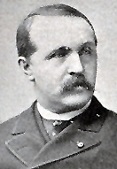
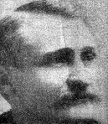










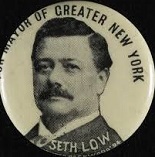













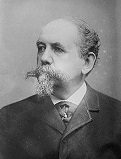






























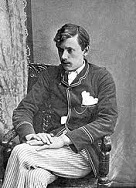


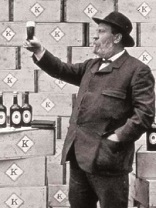






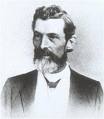


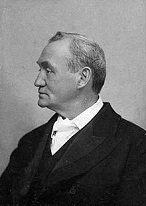





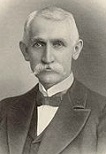


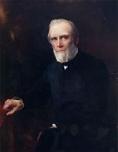

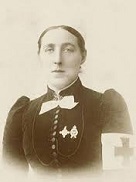


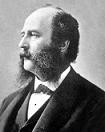

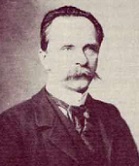


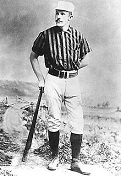
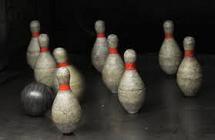






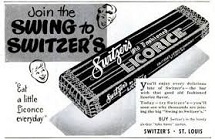
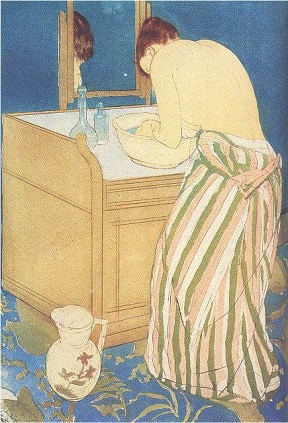
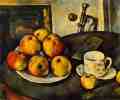
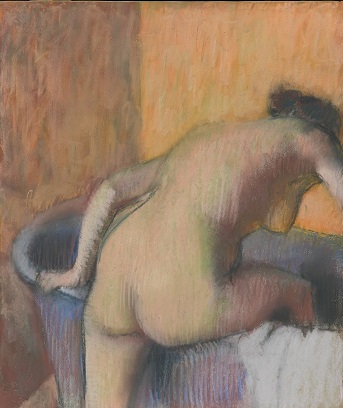
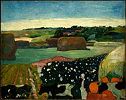




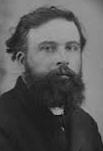

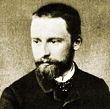






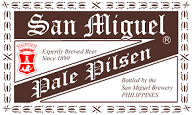
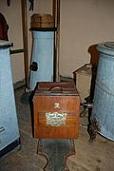
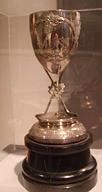
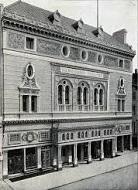
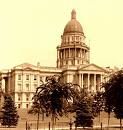
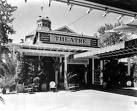
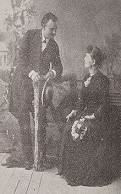
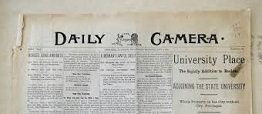
1890
The 1889-1890 Flu Pandemic (Oct. 1889-Dec. 1890) rocks the planet, killing 1M worldwide.
The Eleventh (11th) U.S. Census
reports the total pop. as 62,947,714 (21.2 per sq. mi.); New York City: 1.341M; the German pop. of the U.S. is now at 2.8M, a majority within the
German Triangle of Cincinnati, Milwaukee, and St. Louis; 75% of the pop. of Chicago are immigrants or children of immigrants, with Germans topping the list at 29%;
since 1820 15.6M people have immigrated to the U.S. through New York Harbor and/or Ellis Island:
4.6M from Germany, 3.5M from Ireland, 2.5M from England, 0.9M from Norway-Sweden, 0.46M from Austria-Hungary, 0.41M from Italy, 0.37M from France,
0.36M from Russia-Poland, 0.33M from Scotland, 0.29M from China, 0.17M from Switzerland, 0.15M from Denmark, 1.03M from British North Am. possessions,
0.61M from all other countries; on apr. 18 the U.S. govt. assumes control of immigration, causing Congress to appropriate $75K to construct the first
U.S. federal immigration station on Ellis Island, which originally were part of the Oyster Islands, called Gibbet Island in the 1760s, then acquired in
the 1770s by merchant Sammuel Ellis, who leases it to the state of N.Y. in 1794.
Beginning this year large numbers of Armenians (100K), Southern and Eastern Europeans begin migrating to the U.S., while other Armenians migrate to the Caucasus - it was worth it for John Belushi?
The avg. height of urban U.S. men born this year is 1.5 in. shorter than those born in 1830, showing the dismal working and living conditions;
it takes until 1920 to regain the stature. In this decade Paris enjoys the Belle Epoque (Fr. "Beautiful Era"),
an era of elegance, fashion and gaiety (ends in 1914 with WWI).
In this decade the City Beautiful Movement is launched in Chicago, Ill., spreading to Cleveland, Ohio, Detroit, Mich., and
Washington, D.C., going on to be called an "architectural design cult" by Jane Jacobs.
On Jan. 1 the first annual Rose (Tournament of Roses) Parade
is held in Pasadena, Calif., where the weather is in the 70s even in winter; each float must be made entirely of organic (living) materials, with no artificial coloring;
if New Year's Day falls on a Sun., the parade is held on Jan 2.
On Jan. 2 steamship Persia sinks off Corsica, killing 130.
On Jan. 11 after pressure from Cecil Rhodes, the 1890 British Ultimatum to Portugal
demands the retreat of Portuguese military forces from their Pink (Rose-Colored) Map
in Africa connecting their colonies of Angola and Mozambique, incl. modern-day Zimbabwe, Zambia, and Malawi; the spineless submission by Carlos I damages
the monarchy and encourages the repub. movement.
On Jan. 20-Apr. 27 the First Internat. Conference of Am. States in Washington, D.C.
sees delegates agree to form the Internat. Union of Am. Repubs., which evolves into the Org. of Am. States.
On Feb. 3 the U.S. Supreme (Fuller) Court rules unanimously in Davis v. Beason
that federal laws against Islam, er, polygamy don't violate the Free Exercise Clause of the First Amendment, with Justice Stephen J. Field writing the soundbytes:
"However free the exercise of religion may be, it must be subordinate to the criminal laws of the country, passed with reference to actions regarded by
general consent as properly the subjects of punitive legislation", and "Swift punishment would follow the carrying into effect of its doctrines, and no
heed would be given to the pretense that, as religious beliefs, their supporters could be protected in their exercise by the constitution of the United States."
On Feb. 4 the U.S. House of Reps. passes the U.S. Exposition Bill
authorizing Chicago to host a world's fair to honor the 400th anniv. of Columbus; it is signed on Apr. 25 by Pres. Harrison; First Nat. Bank of Chicago pres.
Lyman Judson Gage (1836-1927)
becomes pres. of the board of dirs., arranging the financing; former Chicago mayor (1879-87)
Carter Henry Harrison Sr. (1825-93)
steamrolls the women's societies and insures that every kind of sin will be in so that the filthy lucre will be made, then gets reelected in 1893
to be in for the fun; Buffalo Bill's Wild West Show gets banned but sets up outside the gates and makes a killing.
On Feb. 9 the Weather Bureau
(later the Nat. Weather Service) is created within the U.S. Dept. of Agriculture.
On Feb. 17 British steamship Duburg sinks in the China Sea, killing 400.
On Feb. 21 the First Franco-Dahomean War (ends Oct. 4) begins when the French arrest
senior Fon officials in Cotonou and fortify the town, causing word to be sent to Abomey, which sends a force of several thousand, resulting in the 4-hour
Battle of Cotonou on Mar. 4 (5:00 a.m.-9:00 a.m.), which is a V for the French, who chase them N assisted
by warriors from the Kingdom of Porto-Novo, who are routed, then chase the French back to Porto-Novo; on Oct. 3 Dahomey signs a treaty recognizing Porto-Novo as a French protectorate,
and cedes Cotonou in return for 20K francs/year; too bad, another war is simmering.
On Feb. 22 (2:00 a.m.) the
Walnut Grove Dam in NC Ariz. (begun 1886) collapses shortly after being completed, sending 4B gal. of water down the
Hassayampa River, killing 70; shoddy construction is blamed, and the dam designer is found to have no civil engineering training.
On Feb. 28 British steamship RMA Quetta hits rocks in the Lorres Straits on the Far North Queensland coast of Australia
and sinks, killing 134 of 292 aboard, becoming Queensland's worst maritime accident (until ?).
In Feb. the Kubota Corp. (originally the Oide Foundry until 1897) is founded in Osaka, Japan by Gonshiro Kubota, going on to produce
tractors and heavy equipment; on Apr. 1, 2002 it opens the Solar Ark solar power generation facility in Anpachi, with 5K panels
that produce 530K kwh avg. and 630kw max.
On Mar. 8 N.D. State U. in Fargo is founded.
On Mar. 11 U.S. Rep. (D-Ky.) (1885-9) William Preston Taulbee (b. 1851) is shot on the E staircase of the House wing
of the U.S. Capitol in Washington, D.C. by newspaper correspondent Charles E. Kincaid, dying later that day at Providence Hospital; blood stains are visible to modern times.
On Mar. 18 Kaiser (since 1888) Wilhelm II (probably from jealousy?) forces chancellor (since 1871)
Otto von Bismarck (1815-98) to resign, and on Mar. 20 replaces him with Count
Georg Leo von Caprivi (1831-99) (until Oct. 26, 1894), making a choice of someone who's ignorant of foreign affairs to take over
foreign policy himself, with Friedrich August Karl Ferdinand Julius von Holstein (1837-1909)
becoming head of the German Foreign Office (until 1906); Bismarck goes into retirement in Friedrichsruh
(20 mi. SE of Hamburg) with the title of duke of Lauenberg, issuing the soundbyte:
"The Kaiser is like a balloon: if you don't keep hold of the string, you never know where he'll be off to";
Punch mag. pub. the famous cartoon
Dropping the Pilot
by Sir John Tenniel, which Germans eagerly adopt, titling it "Der Lotse Geht von Bord" (The Pilot Leaves the Ship); after the Kaiser visits England in the summer,
the Russians and French start getting the idea that Germany is starting to form an entente against them with Britain, lubing the wheels leading to WWI?
On Mar. 27 the 1890 Middle Mississippi Valley Tornado Outbreak
sees an F4 tornado hit Louisville, Ky.,
killing 74-120, injuring 200, and causing $3M damage.
On Mar. 28 Washington State U.
in Pullman, Wash. is founded.
A lid is put on success in the Land of Opportunity? Not this century?
On Apr. 8 the U.S. Sherman Antitrust Act,
named after Ohio Sen. (treasury secy. under Pres. Hayes) John Sherman (1823-1900)
(brother of Gen. William Tecumseh Sherman) is passed in the U.S. by large bipartison majorities in both houses of Congress, and signed by
Pres. Harrison on July 2; only 18 antitrust cases are initiated by the underfunded U.S. Dept. of Justice in three admins. (Harrison 7, Cleveland 8, McKinley 3),
and 4 of these are against labor unions.
In Apr. the Thunderbird,
an enormous flying creature with the body of a serpent, a 160-ft. wingspan, two clawed feet, and the face of an alligator is allegedly
sighted by two cowboys in the Ariz. desert, who allegedly shoot and kill it, cut off a piece of the wing and bring it to Tombstone, Ariz.,
where the Tombstone Epigraph pub. an article about it in their Apr. 1892 issue - a hoax?
On May 2 the U.S. Organic Act
gives away the remainder of Oklahoma territory (the panhandle) to whites, creates the
Oklahoma Territory,
and officially declares the U.S. Frontier closed; on May 23 the city of
Oklahoma City, Okla.
(modern pop. 370K/640K), on the North Canadian River is incorporated; the U.S. now has four state capitals with "City" in
their names: Jefferson City, Oklahoma City, Carson City, Kansas City - JOCK?
On May 6 the Kaiser Wilhelm II addresses the opening of the Reichstag, mentioning the Triple Alliance between Germany, Austria-Hungary, and Italy,
pissing-off the Russians and French; the Reichstag then passes an Army Law increasing the size by 18K men, really pissing them off,
and causing mutual feelers to be put out via their military officers.
On May 19 the U.S. Supreme (Fuller) Court rules in In re Kemmler
that execution by electric chair does not violate the Eighth Amendment's prohibition against cruel and unusual punishment, writing the soundbyte:
"If the punishment prescribed for an offense against the laws of the State were manifestly cruel and unusual as burning at the stake, crucifixion,
breaking on the wheel, or the like, it would be the duty of the courts to adjudge such penalties to be within the constitutional prohibition" - what's
wrong with the original idea of trial by ordeal, and if God lets him off, that settles it?
On May 19 the U.S. Supreme (Fuller) Court rules 6-3 in
Late Corp. of the Church of Jesus Christ of Latter-Day Saints v. United States
to uphold the 1887 U.S. Edmunds-Tucker Act, disincorporating the Church of Jesus Christ of Latter-day Saints (Mormons); Justice Fuller dissents on the basis that
"it is not authorized under the cover of that power to seize and confiscate the property of persons, individuals, or corporations, without office found, because
they may have been guilty of criminal practices"; only $381,812 of $3M in assets are seized, and real property isn't touched because the church acts too fast to prohibit polygamy.
On May 19 The Arizona Republic (originally "The Arizona Republican" until 1930) is
founded in Phoenix, Ariz.; in 2000 it is acquired by Gannett, reaching a modern-day circ. of 321K daily and 538K Sun.
On May 22 after being appointed by Pres. Benjamin Harrison, Fayette County, Ind.-born Repub. Ind. Rep. (1881-9) and former Union maj.
George Washington Steele (1839-1922)
becomes Okla. Territory gov. #1 (until Oct. 18, 1891), immediately declaring a state of emergency and going on to veto bills to move the capital from
Guthrie to Oklahoma City and Kingfisher and work to create a public school and univ. system before resigning after 17 mo. in office.
On June 14 the Heligoland-Zanzibar Treaty
is signed, ceding the Danish North Sea island of Heligoland (Helgoland)
(under British occupation since 1807) to Germany as of July 1 by Britain's Lord Salisbury
in exchange for a much larger strip of African territory, Zanzibar;
Germany renounces all claims to Uganda, Zanzibar, and Pemba, causing outcries in Germany,
while Sir Henry Stanley the African explorer-journalist of Britain gloats that Germany
would have "given a suit for an old trouser's button"; Heligoland becomes part of the
Prussian province of Schleswig-Holstein, and is heavily fortified with guns and U-boat pens; the
Imperial British East Africa Co. (IBEAC)
is chartered to develop the Uganda area (until 1895); the whole thing causes Russia and France
to believe that Germany is getting in bed with Britain against them, and must have gotten something
under the sheets? - just move forward and let me do the mouse work?
On June 29 U.S. Sen. (R-Mass.) (1893-1924) Henry Cabot Lodge Sr. (1850-1924)
sponsors the U.S. Federal Elections (Force) Bill (Compromise of 1890),
providing for federal protection of blacks trying to vote in federal elections; too bad, the Repubs. cop out and withdraw support in order to put money
first and get the Sherman Silver Purchase Act and McKinley Tariff Act passed - is that the good side or the dark side of the Force?
On July 1 the first Japanese gen. election for the Diet under the new constitution is held.
On July 3 "Gem State", "Potato State" Idaho
is admitted as the 43rd U.S. state, followed on July 10 by "Equality State" "Bucking Horse Rider (BHR) State"
Wyoming (Del. "alternating meadows and valleys") as the 44th U.S. state (last alphabetically).
On July 4 Congress approves a new U.S. flag with five new lily-white stars, making the total 43 (design #21), and now incl. N.D., S.D., Montana, Idaho, and Wyoming.
On July 14 the U.S. Sherman Silver Purchase Act,
sponsored by Ohio Sen. John Sherman (of Sherman Anti-Trust Act fame) is passed by the Harrison admin. in exchange for support of the McKinley Tariff,
repealing the Bland-Allison Act of 1878 and requiring the U.S. govt. to purchase 4.5M oz. of silver (at a 20:1 ratio to gold) per mo. at market prices,
issuing new legal tender Treasury certificates, which soon depletes U.S. gold reserves when everybody begins cashing them in for gold, esp. Euro investors concerned
about the coup in Buenos Aires, leading to the Panic of 1893 - if they only new that Treasury silver is later used to produce the first atomic bomb?
On July 17 British-born diamond magnate Cecil John Rhodes (1853-1902)
becomes PM #7 of Cape Colony (until Jan. 12, 1896), going on to pursues a policy of "painting the map red", i.e., bringing all of Africa under British control,
starting by passing the 18995 Glen Grey Act,
limiting black vote via financial and educational qualifications, and sending a "pioneer column" of settlers and "police" into Zimbabwe (he'd prefer to call it Rhodesia?)
between the Ndebele and Shona areas; meanwhile the African natives begin to suffer a series of ecological crises such as drought, locusts, and rinderpest (cattle disease) (until 1906).
On July 26-29 after the wheat crop fails, the Rev. of the Park
in Buenos Aires, Argentina starts with the takeover of Artillery Park by members of the Civic (later Radical Civic) Union, forcing the resignation of
pres. (since Oct. 12, 1886) Juarez Celman on Aug. 6.
On July 27 unieared Vincent van Gogh (b. 1853) shoots himself in the chest in a wheat field in Auvers, France after painting
Wheat Field with Crows,
and dies two days later on July 29; on July 30 his younger brother Theo van Gogh (b. 1857) gets depressed, tries to get the
Durant-Ruel Gallery to hold an exhibit of his paintings, stages his own in his apt. on Sept. 20, ends up in in Auteuil Asylum in Oct.,
transferred to another institutuion in Utrecht in Nov., and dies 2 mo. later of syphilis on Jan. 25; in 1990 scientists claim that Vincent might have had
Meniere's Disease - he likes to become one with his subject?
On Aug. 6 (7:00 a.m.) after Thomas Edison helps nix his appeal in hopes that the use of Westinghouse's AC rather than his DC will give them a bad name,
convicted common-law wife hatchet murderer William Francis Kemmler (b. 1860)
becomes the first person to be executed on an Electric Chair
as N.Y. tries out its brand-new 1888 model in Auburn Prison; after being zapped for 17 sec. with 1K volts, he is still breathing,
so they juice it up to 2K volts for 70 sec., during which time he catches fire and nauseated witnesses run for it, backfiring on Edison and stinking his
name up bigtime, while not harming the rep of AC - the original Green Mile?
On Aug. 15 a govt. is set up in Western Australia, with explorer John Forrest (1847-1918)
as its first PM on Dec. 22 (until Feb. 15, 1901); he is knighted in 1891.
In Aug. Kaiser Wilhelm II and Tsar Alexander III meet in Narva
in NE Estonia on the Gulf of Finland; Germany lets its 1887 Reinsurance Treaty with Russia lapse, and the Three Emperors' League dies, causing France and Russia
to actively seek an entente to counterbalance the Triple Alliance of Germany, Austria-Hungary, and Italy, as well as a possible 4-way alliance with Britain,
despite lack of common interests except mutual fear and hatred of the pesky Huns, er, Germans - Satan, how're ya feeling about setting things up for WWI?
On Sept. 12 a radical revolt begins in Ticino, Switzerland
after an election gives Conservatives the majority of council seats despite a draw in the popular vote, with the radicals imprisoning the municipal councils
of Bellinzona and Lugano and establishing a provisional govt.; the federal govt. sends troops and quells the revolt by Sept. 14, repacking the Ticino council to
make it more even; in 1892 the radicals gain power in a new election and pass a new constitution extending civil rights.
On Sept. 13 Ft. Salisbury
in Southern Rhodesia in the heart of Mashonaland is founded by the mercenary Pioneer Column organized by Cecil Rhodes, and named after
British PM the 3rd marquess of Salisbury, becoming Harare, Zimbabwe in 1982 (modern-day pop. 1.6M).
On Sept. 19 Turkish frigate Ertugrul
sinks off the coast of Japan in a typhoon, killing 540 of 609 aboard incl. Adm. Ali Osman Pasha.
On Sept. 25 in order to gain statehood for Utah (and keep the U.S. Army from invading and enforcing the law?),
polygamy (plural marriage) (celestial marriage) (new and everlasting covenant marriage) is officially prohibited
by the Mormon Church via the Woodruff Manifesto
of Mormon pres. #4 (since Apr. 7, 1889) Wilford Woodruff Sr. (1807-98),
causing Pres. Benjamin Harrison on Jan. 4, 1893 to issue a Presidential Proclamation
granting the 2,451 Mormon plural families in the U.S. amnesty from the 1882 federal anti-polygamy law; that doesn't stop a lot of renegade
Mormons from doing it anyway (50K in the year 2000); Congress rejects the name Deseret ("land of honeybees") (taken from the Book of Mormon)
(in ancient Egypt, Kenet meant black land, i.e., fertile land, and Deseret meant red land, i.e., the desert),
preferring Utah, from a Navajo word meaning upper, after the Shoshone Ute tribe;
actually, Woodruff didn't prohibit polygamy per se, only "contracting any marriage forbidden by the law of the land", meaning that it it still
okay for church members when and where it is legal?
On Sept. 25 after the U.S. Forestry Movement
shifts its emphasis from saving trees to the promotion of scientific forest mgt., the U.S. Congress creates
Sequoia Nat. Park
in Calif., followed on Oct. 1 by
Yosemite and Gen. Grant (later King's Canyon) Nat. Park in Calif.
On Sept. 29 San Miguel Corp.
(La Fabrica de Cerveza de San Miguel) is founded in Manila, Philippines near Malacanan Palace by Don Enrique Barretto de Ycaza y Esteban
under a royal grant from Spain, becoming the first brewery in Philippines and in Asia, producing
San Miguel Beer (San Miguel Pale Pilsen),
which becomes the best-selling beer in the Philippines and Hong Kong; it is not sold in Spain until 1946, and in 1953 the Spanish div.
becomes independent; in 1957 it introduces San Miguel Especial, using French barley and hops; in 1963 it founds a factory in Beijing, China.;
in 1982 it introduces San Miguel Red Horse Beer,
promoting it since 1999 with the annual Red Horse (Hot) Beer (Pambansang) Miziklaban
rock band contest; in 1993 it introduces San Miguel 1516, following the 1516 German Beer Purity Laws; in 2009 Kirin of Japan acquires 48.3% of the co.
On Oct. 11 after an org. meeting on Aug. 8, the Nat. Society of the Daughters of the Am. Rev. (DAR)
is founded in Washington, D.C. by First Lady Caroline Harrison (its first pres.-gen.) et al. to preserve the memory of the men and women who fought for independence in the Am. Rev. War;
members must be women at least 18 years of age and directly descended from the heroes; it is incorporated by an act of Congress on Dec. 2, 1896, and begins pub. the
Nat. Historical Mag.
On Oct. 17 Lyman Stewart (1840-1923) et al. found the
Union Oil Co. (Unocal) in Santa Paula, Calif. via the merger of Sespe Oil Co., Hardison and Stewart Oil Co., and
Mission Transfer Co., staying free of affiliation with Standard Oil; in 1901 the HQ is moved to Los Angeles, Calif.
On Oct. 20 gold is discovered in Cripple Creek, Colo. (20 mi. W of Colorado Springs)
in Teller County by Robert Miller "Bob" Womack (-1909), bringing in prospectors; on July 4, 1891 Jefferson, Ind.-born
Winfield Scott Stratton (1848-1902)
discovers the Independence Lode on the S slope of Battle Mountain in
nearby Victor, Colo. ("the City of Mines"), launching the last great gold rush in Colo., causing the
pop. to zoom from 500 to 10K by 1893 working 150+ mines while several smelters are built in Canon City;
200K oz. of gold worth $500M is dug from the Independence Lode by 1899, and 21M oz. in the Victor-Cripple Creek mining district; by 1900 Victor has a pop. of 18K,
which begins to dwindle during WWI, bottoming at 397 in 2010; too bad, Womack dies penniless.
On Nov. 23 William III (b. 1817) dies, and his daughter
Wilhelmina Helena Pauline Maria (1880-1962)
becomes queen of the Netherlands (until Sept. 4, 1948), with her mother Queen Emma as regent (until 1898); the
Grand Duchy of Luxembourg
is separated from the Netherlands as an independent neutral state, like the Netherlands, with both going on to become political refugee magnets.
On Nov. 24-25 after visiting Palestine in 1888 and coming back enthused with the
prospects of a new Israel, Am. Methodist minister (ardent Christian Zionist)
William Eugene Blackstone (1841-1935)
holds a Conference on the Past, Present, and Future of Israel at his First Methodist
Episcopal Church in Chicago, Ill., which incl. Jewish leaders and calls on the
Ottomans and other great powers to give Palestine back to the Jews; next year he
gets the Blackstone Memorial
petition calling for American support of you know what signed by 413 prominent
U.S. Christian and Jewish leaders, incl. John D. Rockefeller, J.P. Morgan, and
Cyrus McCormick, and presents it to U.S. pres. Benjamin Harrison and secy. of state
James G. Blaine, with the soundbyte "for they never abandoned the land. They made
no treaty, they did not even surrender. They simply succombed, after the most
desperate conflict, to the overwhelming power of the Romans"; U.S. Supreme Court
justice Louis D. Brandeis, head of the U.S. Zionist movement later becomes a fan,
getting him to reissue the Blackstone Memorial to Pres. Wilson to assure his support
for the 1917 Balfour Declaration.
On Nov. 29 the Meiji Constitution goes into effect in Japan, and the first Japanese Diet convenes.
In Nov. English nurse-missionary
Kate Marsden (1859-1931)
is sent by Tsarina Maria Fedorovna on a 2K-mi. journey across Siberia to find a fabled herb
that cures leprosy, which turns out not to work; too bad, when she returns, the Victorian establishment
hounds her for lesbianism instead of praising her for heroism.
On Dec. 15 photogenic Indian celeb Sitting Bull (b. 1831)
is killed by Lakota policemen trying to arrest him at the W end of the Cheyenne River - for shitting on a bull, or getting tired of all the bull?
On Dec. 18 the U. of Okla. in brand-new
Norman, Okla. 20 mi. S of Oklahoma City is founded by the Okla. legislature (sports team nickname: Sooners),
along with the U. of Central Okla. in brand-new
Edmond, Okla. N of Oklahoma City on Dec. 24 (sports team nickname: Bronchos), and
Okla. State U.
(originally Okla. Territorial Agricultural and Mechanical (A&M) College) in brand-new
Stillwater, Okla. in NC Okla. on Dec. 25 (sports team nickname: Cowboys/Cowgirls).
On Dec. 27 British steamship Shanghai burns and sinks in the China Sea, killing 101.
What's the best way to play in Blackhawk? The Bullwhackers way?
On Dec. 29 after their holy man Sitting Bull is killed on Dec. 15, causing Lakota chief
Big Foot (Si Tanka) (Spotted Elk) (1824-90)
and his people to flee, the Wounded Knee Creek Massacre
in Creek, S.D. effectively squelches the last dance, last chance for love Ghost Dance Movement, and ends the Indian Wars (and the Native Am. way of life)
after 400-500 U.S. soldiers of Custer's 7th Cavalry get payback by massacring 150-300 helpless disarmed Sioux and their families using four large Hotchkiss guns
on the excuse that deaf Black Coyote failed to surrender his pot stew weapon; Wovoka loses his influence but lives until 1932; despite
American Horse
testifying at the inquest, the troopers receive the Medal of Honor; members of the Am. Indian Movement (AIM) finally get justice in Nov. 1972.
Brazilian pres. (since 1889) Gen. Manuel Fonseca becomes a dictator and dissolves the congress, causing a revolt in Rio Grande do Sul, followed
by desertion by his supporters in the army and navy, causing him to resign.
On Dec. 29 South Lee, Mass.-born Yale-educated
Henry Billings Brown (1836-1913)
(classmate at Yale U. of David Josiah Brewer, whom he calls Henrietta) becomes U.S. Supreme Court justice #52 (until May 28, 1906) to replace the seat
vacated by Samuel F. Miller (1862-90) (keeping the court at nine members), going on to stink himself by writing the majority opinion in Plessy v. Ferguson.
The Swiss federal govt. receives the power to enact social insurance.
The McKinley Tariff,
sponsored by Ohio Rep. William McKinley ("the Napoleon of the Tariff"), chmn. of the House Ways and Means Committee raises avg. tariff rates to 49.5%, the highest ever;
it contains a reciprocity element, sponsored by secy. of state James G. Blaine that permits bilateral reductions, but when prices rise it becomes highly unpopular.
Nasser ed-Din Shah of Persia gives Britain ownership of its tobacco industry, but Mirza Reza Shirazi issues a fatwa prohibiting tobacco, so he cancels it, and quits smoking.
Zulu king Dinzulu is exiled to St. Helena island (until 1897) on trumped-up charges to get him out of the way.
The United Mine Workers (UMW) labor union is founded in Columbus, Ohio.
Remember, nobody beats the king, nobody?
The U.S. Congress authorizes construction of three first-class battleships for its new steel navy: the
USS Indiana,
the USS Massachusetts,
and the USS Oregon,
all at 10K tons; also, a 7.3K-ton cruiser USS Columbia - let's kick some Spanish butt?
Australia and New Zealand agree to financially support a British naval squadron.
Fort-de-France, Martinique almost burns down.
The Socialist Armenian Rev. Federation (ARF)
(Dashnaktsutyun) is formed by Christian Orthodox Armenians in E Anatolia (Turkey) to fight
for Armenian independence, causing the Ottoman govt. under "Bloody" Sultan Hamid II to employ
irregular forces of ham-handed Muslim Russian Cossack clone
Hamidiye
Kurdish tribesmen (the sultan's personal cavalry) to keep them down - get out the kurbash?
German Social Dems. convene the Erfurt Congress in Saxony, and next year adopt the
Erfurt Program, becoming a V for the doctrines of Karl Marx over Ferdinand Lasalle.
In this decade Boroughitis sweeps N.J.
In this decade the Irish Lit. Revival (Celtic Twilight)
accompanies the growth of Irish nationalism, with major figures incl. William Butler Yeats, James Clarence Mangan, Samuel Ferguson, Douglas Hyde, William Rooney, and Arthur Griffith.
In this decade the U.S. Bureau of Education, headed (1889-1906) by philosopher William Torrey Harris (1835-1909)
begins introducing reindeer herds into Alaska as a way to prevent starvation and extinction of native species.
In this decade Frederick Michael Switzer (1865-1949),
founds Switzer's Candy Co.
in St. Louis, Mo., starting out selling Buttermels, Chocolate Soldiers, and Yellow Jackets, and switching to 5-cent licorice twists after the 1904 St. Louis World's Fair.
A French co. begins modernizing the port of Beirut (finished 1895).
The first English electrical power station opens in Deptford.
The Forth Rail Bridge in Scotland opens, designed by Sir
John Fowler (1817-98)
and Sir Benjamin Baker (1840-1907).
Rock Creek Park
in NW Washington, D.C. is established by Congress; on Nov. 7, 1936 a pink granite bench in memorial to French WWI ambassador
Jean Adrien Antoine Jules Jusserand (1855-1932)
is erected, becoming the first erected on federal property to a foreign diplomat.
The St. Paul and Pacific Railroad reaches the Pacific, and is consolidated into the Great Northern Railroad Co.
Former Brooklyn, N.Y. mayor Seth Low (1850-1916) becomes pres. of Colombia College (until 1901).
The Nat. Woman Suffrage Assoc. and the Am. Woman Suffrage Assoc. merge to form the Nat. Am. Woman Suffrage Assoc. (NAWSA),
waging state-by-state campaigns, with initial success in the west, starting with Colo. (1893), Utah and Idaho (1896), Wash. (1910), Calif. (1911), Ore.,
Kan., and Ariz. (1912), Alaska and Ill. (1913), Mont. and Nev. (1914), N.Y. (1917), Mich., S.D., and Okla. (1918).
Buffalo Bill's Wild West showman Frank T. Hopkins (1865-1951)
wins a 3K-mi. desert race in Arabia across the Gulf of Syria and the borders of two countries against Arabian horsemen on his mixed-blood wild Mustang Hidalgo,
earning $100K on a $1K wager; a tall tale?
Ft. Bridger in Wyo. (built 1843) is abandoned; Ft. Laramie in Wyo. is degarrisoned - nothing left to shoot at except an old brave, two cripples, and a squaw?
The city of Salisbury (originally Ft. Salisbury) in Mashonaland in NE Southern Rhodesia (modern-day pop. 1.6M)
is founded on Sept. 12 by the Pioneer Column of the British South Africa Co., named after Conservative British PM (1885-92, 1895-1902)
Robert Arthur Talbot Gascoyne-Cecil, 3rd Marquess of Salisbury (1830-1903);
in 1982 it is renamed Harare.
British archeologist James Theodore Bent (1852-97)
explores Cilicia Trachea, followed next year by the ruins in Mashonaland in South Africa, followed by Great Zimbabwe, after which in 1893-4 he explores
the remote Hadramut country, followed by S Arabia.
English journalist Charles Edward Montague (1867-1928)
joins the Manchester Guardian, rising to de facto ed. in 1895-1906, turning the newspaper into a campaigner for Home rule and against the Boer War;
to get into the army in WWI he dies his white hair black.
The Doberman(n) pinscher
dog is first bred in Apolda, Thuringen, Germany from the German shepherd, Rottweiler, German pinscher, and the black and tan terrier by breeder
Karl Friedrich Louis Dobermann (Tobermann) (1834-94)
for use by tax collectors.
In this decade the era of the frontier gambler in the Am. West (begun 1870) comes to an end as gambling is increasingly outlawed.
In this decade the Progressive Era
in the U.S. begins (ends 1930), with activists fighting to eliminate political machines and regulate monopolies, and eliminate problems caused
by govt. corruption, mass immigration, industrialization, and urbanization, with the
Original Thirteen Muckrakers, incl.
Samuel Hopkins Adams (1871-1958) (patent medicines),
Edward William Bok (1863-1930) (coiner of the term "living room"),
Ray Stannard Baker (AKA David Grayson) (1870-1946),
Burton Jesse Hendrick (1870-1949) (life insurance),
Frances Alice Kellor (1873-1952) (immigrants, women, chronic unemployment),
Henry Demarest Lloyd (1852-1920) (Standard Oil Co.),
Benjamin Franklin "Frank" Norris Jr. (1870-1902) (wheat trust),
David Graham Phillips (1867-1911) (U.S. Senate),
Jacob August Riis (1849-1914) (America's first muckraker?),
Charles Edward Russell (1860-1941) (beef trust),
Upton Sinclair (1878-1968) (meatpacking industry),
Lincoln Steffens (1866-1936) ("The Shame of the Cities"),
Ida Minerva Tarbell (1857-1944) (Standard Oil Co.),
who all churn out articles in the 15-cent McClure's
mag., founded in June 1893 by Samuel S. McClure (1857-1949),
exposing the endless rottenness of the Capitalist U.S., giving causes to Progressives (read closet Socialists?) to reform govt.
and business at every level, led by Teddy Roosevelt, Robert M. La Follette Sr., Woodrow Wilson (1856-1924), W.E.B. Du Bois (1868-1963), Jane Addams et al.
In this decade most U.S. states begin using Australian ballots, which preserve secret voting by listing the candidates of all major parties
rather than just the one doing the printing, and are printed by the govt. rather than the parties to minimize fraud.
In this decade the French and Germans hold a big debate on Jus sanguinis vs. Jus soli
(right of blood vs. right of territory) to determine citizenship, with the French, led by Ernest Renan on the Jus soli side.
In this decade the Demotikist
movement in Greek is formed by Kostes Palamas (1859-1943),
dramatist Ioannis Kambisis (1872-1902)
et al. to propagate the Greek vernacular language of Demotike, producing a large body of lit. works and making it the chief medium of modern-day
Greek writers; meanwhile the Greek Purists, led by Alexandros Rangabe (1810-92),
dramatist Demetrios Vernadakis (1834-1907)
et al. pooh-pooh Demotike and push classic ancient Greek, getting the govt. to adopt it, along with most newspapers, until 1976,
when Demotike becomes the official language of Greece.
In this decade Herkko Rosvo-Ronkainen of Finland originates the custom of wife-carrying races, which spreads to the U.S.
Singer Yvette Guibert (1865-1944),
who debut at the Variette Theatre in 1888 and is known for dressing in bright yellow with black gloves and singing raunchy songs becomes the
headliner at the Molin Rouge in Montmartre, going on to become a favorite subject of artist Henri de Toulouse-Lautrec.
In this decade a group of French painters incl. Pierre Bonnard (1867-1947),
Maurice Denis (1870-1943),
and Jean-Edouard Vuillard (1868-1940)
found the Les Nabis (Hebrew for prophet) art style,
using flat areas of color and pattern to create a subjective, mystical style, after being inspired by the 1888 painting "The Talisman"
(the Bois d'Amour a Pont-Aven) of Paul Serusier (1864-1927),
painted at Pont-Aven under the supervision of Paul Gaugin, who helps name the group.
Late in this cent. Indonesians in S Sumatra begin using
tampans
(ship cloths), small rectangular cloths with a bilateral design based on a ship at the bottom with a tree growing out of it, and humans on
each branch, which are used to wrap food and gifts at weddings, births and funerals; after production ceases early next cent., they are passed down as heirlooms.
In this decade Am. painter Abbott Handerson Thayer (1849-1921)
begins developing his theory of camouflage,
later used by the military - starting by camouflaging the "e" in Henderson by making it into an "a"?
The Boulder Daily Camera (originally the "Boulder Camera") is founded in Boulder, Colo. by
Frederick P. Johnson and Bert Bell, going from weekly to daily in 1891, and changing hands several times along with names while living under the shadow of the
U. of Colo. and watching Boulder go hippy in the late 1960s, and upscale in the 1980s.
The German Social Dem. newspaper Vorwarts (Vorwärts) begins pub. (until 1933).
17-y.-o. Gore, Va.-born Willa Sibert Cather (1873-1947) moves from Red Cloud, Neb. and
becomes ed. of The Hesperian at the U. of Neb. in Lincoln, receiving a bachelor's in English
and moving to Pittsburgh, Penn. in 1896 to write for Home Monthly then the Pittsburgh Leader, teaching at Central H.S. and Allegheny H.S. before moving
to New York City in 1906 to work on the ed. staff of McClure's Mag..
English wallpaper designer William Morris (1834-96) founds
Kelmscott Press in Jan., which goes on to pub.
The Kelmscott Chaucer (1896).
In this decade James Buchanan "Diamond Jim" Brady (1856-1917)
(his own 25 best customers) becomes a big man in Broadway night life in New York City.
The London Metropolitan Police move their offices to the Victorian Gothic red-white brick Nat. Opera House on the
Thames Embankment, calling it
New Scotland Yard.
The Royal Economic Society
(originally the British Economic Assoc.) in England is founded, receiving a royal charter on Dec. 2, 1902; in 1891 it begins pub.
The Economic Journal;
in 1998 it begins pub. The Econometrics Journal.
In this decade weight-guessing becomes popular at U.S. carnivals.
The Am. Tobacco Co.
is formed by the Duke family, with James Buchanan "Buck" Duke as pres.
Tobacco chewing peaks this year in the U.S. at three pounds per capita.
20 Mule Team Borax
brand sodium borate cleaning compound co. is founded as
Pacific Coast Borax Co.
by "Borax King"
Francis Marion "Borax" Smith
(1846-1931), who acquires the holdings of
William Tell Coleman
(1824-93), whose 20-mule teams operated in Death Valley, Calif. from 1883-9; next year
Stephen Tyng Mather (1867-1930)
comes up with the name 20 Mule Team Borax (registered in 1894); after getting fired in 1898,
Thomas Thorkildsen (1869-1950)
uses his $17K life savings to purchase a borax mine on Frazier Mt. in Ventura County, Calif.,
partnering with Mather and going on to sell their co. Sterling Borax to Pacific in 1911 for
$10M; in 1964-5 Ronald Reagan later hosts Pacific's TV show "Death Valley Days".
The R.T. Davis Mill Co. begins marketing Aunt Jemima
brand "self-rising pancake four", which incl. powdered milk, made from a formula he bought in 1889, and adopts the Mammy as its logo.
Lung-insulting Kretek
brand clove cigarettes are invented by Noto Semito of Kudus.
The Edison General Electric Co. begins selling strings of lights for holiday decoration,
but it costs hundreds of dollars to light a Christmas tree.
In this decade Nat. City Bank of New York becomes the largest bank in the U.S.,
becoming the first major U.S. bank with a foreign dept. that engages in foreign exchange trading.
Shakespeare becomes a threat to U.S. agriculture?
The European starling
is introduced into the U.S. (Central Park in New York City) from Europe by
Eugene Schieffelin (1827-1906)
as part of his project to introduce all birds mentioned in Shakespeare's works (in this case Henry IV Pt. I, Act 1, Scene I), and spreads out of control, destroying fruit and vegetable crops.
The biennial silver Darwin Medal
is founded by the British Royal society to reward research connected with Charles Darwin's theories.
The First Folk Revival
begins, an academic effort to transcribe and record British folk songs; in 1898 the
Folk Song Society
is founded in London to collect and pub. British folk songs; in 1911 the English Folk Dance Society
is founded; in 1932 they merge to form the English Folk Dance and Song Society.
French symbolist poet Paul Fort (1872-1960)
founds the Theatre des Arts (later Theatre de l'Oeuvre),
which launches the careers of Paul Verlaine (1844-96), Paul Gaugin, and Maurice Maeterlinck.
Remy de Gourmont (1858-1915) of the Bibliotheque Nationale founds
Le Mercure de France, and next year is forced to resign from the Bibliotheque because of the subversive
Le Joujou: Patriotisme.
London Jew Israel Zangwill (1864-1926)
founds the humorous periodical Ariel,
going on to write funny stories incl. The Bachelor's Club (1891) and
The Maid's Club (1892).
Swiss hotelier Cesar Ritz (1850-1918)
buys the Savoy Hotel in London, going on to establish Ritz hotels around the world, incl. the Hotel Ritz in Paris in 1898 and the Carlton in London in 1899,
Villeneuve-Loubet-born French chef Georges Auguste Escoffier (1846-1935)
takes over the kitchens of the new Ritz Savoy Hotel in London, luring the British aristocracy, causing aristocratic women to first be seen dining in public, going on to invent
Peach Melba (1893),
Melba Toast (1897),
Cherries Jubilee (1897),
and Tournedos Rossini,
introduce a la carte menu in 1899, and train Ho Chi Minh to be a pastry chef; after a financial scandal, Escoffier leaves the Savoy in 1898 and sets up in the new
Carlton Hotel in London in 1899, stealing business from the Savoy; in 1903 he pub.
Le Guide Culinaire,
which codifies, streamlines, and simplifies French haute cuisine, incl. the five mother sauces;
in 1913 he serves Kaiser Wilhelm II and his retinue aboard the SS Imperator, causing the kaiser to utter the soundbyte:
"I am the emperor of Germany, but you are the emperor of chefs"; he goes on to become known as "king of chefs and chef of kings", originating the brigade de cuisine system, run by chefs de partie.
Emerson Electric Co. is founded in Mo. by Civil War Union veteran
John Wesley Emerson (1832-99) et al. to manufacture electric motors, selling the first electric fans
in the U.S. in 1892, and going on to become the world's largest airplane armament manufacturer in WWII, growing to 140K employees in 150 countries by 2008; its CEO
William Stuart Symington (1901-88) becomes the first secy. of the USAF in 1947-50.
In this decade Paris Green wallpaper containing arsenic kills thousands.
French artist Georges-Pierre Seurat (1859-91) has a son by his model Madeleine Knobloch; he doesn't introduce him to his
mother until two days before his 1891 death.
English novelist Joseph Conrad captains the stern-wheeler Roi des Belges on a voyage down the Congo River.
In this decade the Pleinair (Fr. "in plain air")
manner of representing observed effects of outdoor light and atmosphere catches on among French Impressionists.
The sunflower (a native of the New World) is reintroduced to North Am. by Russian immigrants.
Every year in this decade 20 tons of ivory taken from woolly mammoth remains are shipped from Siberia to London; some mammoth tusks reach 16 ft. in length.
Riley Motor Co.
is founded in Coventry, England as the Riley Cycle Co. by William Riley (1851-1944), William Victor Riley (1876-1958) et al.; in 1926 it introduces
a fabric-body saloon car with the new Riley 9 engine, which features hemispherical combustion chambers and inclined overhead valves, becoming the
most important engine development of the 1920s, going on to introduce different body styles incl. the Continental, Deauville, Edinburgh, Falcon, Gamecock,
Imp, Kestrel, Lincock, Lynx, Merlin, Monaco, MPH, Sprite, Stelvio, Victor, and Winchester; in 1938 it is acquired by Morris Motors; in 1968 it merges with
British Leyland Motor Corp.
The Gibson Guitar Corp.
is founded in Nashville, Tenn.
The Athenian Constitution by Aristotle
is discovered by archeologists.
After opening a shop in Glasgow, Scotland in 1871 and expanding to 200 shops by the 1880s, taking advantage of falling
tea prices to set up his own wholesale distribution network (bypassing London's Mincing Lane) in 1888 to market tea at low low prices
to the working class, then traveling the world looking for new items to stock,
Thomas Johnstone Lipton (1848-1931)
purchases new tea gardens in Ceylon worked by Tamil workers from India, and introduces
Lipton brand tea, using orange pekoe and pekoe leaves, witth the slogan:
"Direct from the tea gardens to the teapot", becoming a big hit in the U.S.; the brand is acquired by Unilever in 1938.
Reebok Internat. Ltd.
is founded in Holcombe Brook (near Bolton), England by Joseph William Foster
to produce newfangled spiked running shoes, which are made famous by Harold Abrahams and Eric Liddell in the 1924 Summer Olympics;
in 1960 the co. is renamed Reebok after the African rhebok antelope; in 1979 they begin U.S. distribution, doing well despite being pricier than Nike, Adidas, and Puma.
Cuauhtemoc (Cuauhtémoc) Moctezuma Brewery
in Monterrey, Mexico is founded by an icemaking co., later becoming Mexican Economic Development Inc. (FEMSA), brewing
other beers incl. Dos Equis, Carta Blanca, Tecate, and Sol; in 2010 Dutch brewing giant Heineken Internat. buys it.
Menthol ointment Vicks VapoRub begins as Vick's Family Remedies at the Selma, N.C. pharmacy of
Lunsford Richardson (1854-1919), changing to Vick's Magic Croup Slave in 1905, and the current name in 1912;
the 1918 influenza epidemic causes sales to zoom from $900K to $2.9M in one year. h
Sports:
On Jan. 3-Mar. 4 the 1890 Amateur Hockey Assoc. of Canada (AHAC) Season
sees the Montreal Hockey Club win with a 7-0 record, becoming their 3rd straight title.
On Feb. 27 the 2nd Longest Gloved Boxing Match in History
sees Danny Needham and Patsy Kerrigan box 100 rounds in San Francisco, Calif. before the match is declared a draw after more than 6.5 hours; the longest is on Apr. 6, 1893.
On Aug. 6 Denton True "Cy" (Cyclone) Young (1867-1955)
appears in his first ML baseball game with the Cleveland Spiders; he moves to St. Louis in 1899, then to the AL in 1901, playing his
last game on Oct. 11, 1911 with the Boston Rustlers.
On Nov. 27 after a suggestion by Arthur Stanley, son of Canadian gov.-gen Lord Stanley, the
Ontario Hockey Assoc,
is founded to govern amateur play in Ontario, with teams incl. the Ottawa Hockey Club, Queen's U. of Kingston, the Toronto Marlboros, and the Toronto Wellingtontons; in
1891 it establishes the Cosby Cup,
which is won in 1891-3 by the Ottawa Hockey Club, which leaves the league in 1894; it is last awarded in 1899.
Pitcher Charles Augustus "Kid" Nichols (1869-1953)
begins playing with the Boston Beaneaters (until 1901), having the first of 10 consecutive seasons with 20 wins or more, becoming the youngest pitcher to win 300 games (1901),
and amassing 361 wins in a 15-year career.
On Nov. 29 (first Sat. after Thanksgiving) the first Army-Navy Football Game
is played in West Point between the Army Black Knights and Navy Midshipmen; Navy defeats Army by 24-0; starting in 1899 games are played mainly in Philly;
in 2009 it is moved to the 2nd Sat. in Dec., becoming the last non-bowl contest in college football each year.
The Players' Nat. League of Prof. Base Ball Clubs (Players' League)
is founded by former New York Giants shortstop John Montgomery "Monte" Ward (1860-1925)
(graduate of Columbia Law School), signing over half of NL players; too bad, their profit-sharing system reduces the receipts of the team
owners so much that they sell-out to the Nat. League, causing the league to fold; in 1894 Ward retires from baseball and becomes an atty.
representing baseball players against the Nat. League.
About this time English poet-novelist Ernest Christopher Dowson (1867-1900)
coins the word "soccer", along with the phrases "gone with the wind" and "days of wine and roses".
Early in this decade Duckpin Bowling
is invented in Boston, Mass., spreading to Baltimore, Md. about 1899; in 1982 the Women's Nat. Duckpin Assoc. is founded.
Architecture:
On May 1 Elitch's Zoological Gardens
opens in no-longer-Wild-West Denver, Colo. at 38th Ave. and Sheridan Blvd. on an apple orchard site owned by
John Elitch (1852-91) and Mary Elitch (nee Hauck),
friends of P.T. Barnum, who winters his animals and equipment in the Sloan Lake area nearby (20th Ave. and Sheridan Blvd.), and who attends
the opening with Tom Thumb; when John dies in 1891, Mary takes over, training an ostrich to pull her in a small sulky and gaining worldwide
publicity; her own light opera stock co. opens on May 30, 1897, producing "Helene", with James O'Neill (father of playwright Eugene O'Neill)
as one of the actors; later Sarah Bernhardt plays "Camille" and "La Sorcier", and Mary names a mountain lion kitten after her; young Douglas Fairbanks
gets his first acting job there; young Grace Kelly gets her start there after she and her mother rent a basement apt. at 4020 Raleigh St.; the
Trocadero Ballroom opens in 1917 under owner John Mulvlihill, featuring Lawrence Welk (1903-92), Benny Goodman, Guy Lombardo et al. (closes 1975); in
1927 the Herbert Schmeck-designed Wildcat wooden roller coaster, followed in by 1928 the Philadelphia Tobggan Co. Carousel, and in 1966 by the John Allen-designed
Twister roller coaster; in 1930 it is purchsed by the Gurtler family; in 1994 it moves to to downtown Denver along the Platte River and I-25 near Mile High Stadium
and Pepsi Center, with the Twister replaced by the Twister II; in 1996 it is acquired by Premier Parks, which purchases Six Flags in 1997, which sells Elitch's in 2007.
On July 4 the cornerstone of the Colo. State Capitol in Denver, designed by
E.E. Myers is laid at the intersection of Broadway and 26-mi. Colfax Ave. (originally 15th Ave.) (longest blvd. in the U.S.),
becoming the first royal road from the Great Plains to the Rocky Mts. (later known for its motels and hos and porno studios, called "the longest, wickedest street in America" by
Playboy mag.), the center of a grid of N-S streets named for Indian tribes
from Broadway W to Federal Blvd. (Acoma, Bannock, Cherokee, Delaware, Elati, Fox, Galapagos, Huron, Inca, Santa Fe/Jason, Kalamath, Lipan, Mariposa, Navajo, Osage, Pecos,
Quivas, Raritan, Shoshone, Tejon, Umatilla, Vallejo, Wyandot, Zuni), followed by U.S. Civil War Union gens. on the W side of Federal (Grove, Hooker, Irving, Julian, King, Knox Ct.,
Lowell Blvd., Meade, Newton, Osceola, Perry), designed by E.E. Myers is laid; the Colo. white granite comes from Gunnison, the wainscoting is made of Colo. rose onyx from
Beulah (near Pueblo), the foundations and walls from Fort Collins sandstone, and the basement of Colo. white marble; one of the steps is labelled
"One Mile Above Sea Level 5,280 ft."; it opens in Nov. 1894; in 1908 a gold dome covered in 200 oz. of gold leaf is added to commemorate the Colo. Gold Rush.
The Fraser Mansion
at 1701 20th St. N.W. at the intersection of Conn. Ave., 20th St., and R St. in Dupont Circle, Washington, D.C. is built, later becoming the home of the
Founding Church of Scientology on Oct. 21, 1995-Oct. 31, 2009.
The Garrick Theatre (Harrigan's Theatre until 1895)
at 67 West 35th St. in Manhattan, N.Y. (cap. 910) opens, producing the comedy
Enter Madame on Aug. 16, 1920 (350 perf.);
in 1896-1915 Charles Frohman manages it; in 1916 it is acquired by the Shuberts, who lease it to Otto Kahn, who gives it to the Theatre Guild, producing
Saint Joan on Dec. 28, 1923, starring Winifed Lenihan, followed by
They Knew What They Wanted (Nov. 24, 1924) (192 perf.);
; in 1925 the Shuberts resume mgt., and after descending to burlesque it closes in 1929.
The 16-18-20-story 309-ft. (94m) New York World (Pulitzer) Bldg.,
designed by George Browne Post (1837-1913)
and built for Joseph Pulitzer is completed on Dec. 10, becoming the world's tallest office bldg. (until ?); demolished in 1955.
Inventions:
On Oct. 9 Clement Ader (1841-1925)
makes his first flight in his steam-powered fixed-wing aircraft Ader Eole in Satory, France,
flying 50m (160 ft.) at a height of 20 cm., becoming the first takeoff of an airplane solely under its own power.
The Baby Daisy
vacuum cleaner (designed in France) is introduced in Britain, with suction created by a
canvas bellows operated by a footplate, with a metal hose and cotton bag for collecting dust;
the bellows operator leans on a broomstick mounted on top; "This movement was a key design
feature as it has a double connected bellows, meaning that movement in either direction
created a vacuum"; the whole unit is dragged around on boards.
The Swiss Army Knife
is born when the Swiss Army decides that every soldier needs to carry a knife with a
screwdriver to disassemble his Schmidt-Rubin rifle and a can opener for canned food,
producing the Model 1890, which incl. a reamer, with a handle made of dark oak and/or
ebony; the first lot of 15K is delivered in Oct. 1891 by Wester & Co. of Solingen, Germany;
the red handle has a Swiss cross and shield; in 1891 surgical equipment maker
Karl Elsener (1860-1918)
of Ibach gets the contract to manufacture it, establishing the Victorinox Co. in 1909 after his
mother Victoria dies, combining her name with "inox" (Fr. "acier inoxydable"), meaning
stainless steel; in 1908 Paul Boechat & Co. of Belermont splits the contract 50-50, becoming
Wenger Co., owned by Theodore Wenger, with Victorinox producing the Original Swiss Army Knife
and Wenger the Genuine Swiss Army Knife; which is acquired by Victorinox on Apr. 26, 2005,
continuing to produce both brands until announcing on Jan. 30, 2013 that only Victorinox will
be produced; in WWII U.S. soldiers change the name from Offiziersmesser because it's too hard
to pronounce; Victorinox sets up a factory in Monroe, Conn., which produces more and more models
with more and more blades, incl. saw, scissors, file, pliers, tweezers, bottle openers, corkscrew,
knife chain, belt clip et al.
Thomas Edison's
talking dolls
become a rage at Christmas; they sound like they're possessed?; too bad, they are almost all damaged in shipping, causing him to sell them sans guarantee.
Nested wooden Matryoshka Dolls (from the Russian word "mat" = mother) begin to be produced near Moscow to copy Japanese wooden dolls.
On May 28 Md. atty. Elijah Jefferson Bond (1847-1921) files for a U.S. patent on the
Ouija Board, which is granted next Feb. 10; in 1907 he founds the Swastika Novelty Co., with the word "Nirvana" trademarked;
at first it is marketed in novelty shops, until Am. Spiritualist Pearl Lenore Curran (1883-1937)
(known for channeling the 1694 spirit of Patience Worth) turns it into a tool for the Occult in WWI; the Ouija board demon is known as Zozo AKA Pazuzu.
Peugeot (founded 1812) of France produces the first gas-driven automobile.
German-born English industrialist Ludwig Mond (1839-1909)
discovers a new method of purifying nickel (element #28) by treating it with carbon monoxide, leading to many advances in industrial catalysts; in 1900 he founds
Mond Nickel Co..
In this decade Chicago, Ill. priest Casimir Zeglen
develops a bulletproof vest made of silk; Franz Ferdinand is wearing one when he is shot on June 28, 1914, but too bad, he is shot in the neck above the vest.
Science:
In this decade Western doctors and surgeons begin using
surgical gloves
filled with powder made from club moss spores or ground pine pollen; in the 1930s talcum powder begins to be used, followed in 1947 by cornstarch; in Mar. 2016 the U.S. FDA bans
powdered gloves as a health hazard.
In May German surgeon Themistocles Gluck (Glück) (1853-1942)
performs the first knee arthroplasty, inserting a hinged ivory joint in the knee of a 17-y.-o. girl, also the first total wrist arthroplasty; in 1891 he performs
the first hip replacement surgery, using ivory to replace the femoral head, held with nickel-plated screws, Plaster of Paris, and glue made of pumice and resin - that should hold an elephant?
The non-addictive topical anesthetic Benzocaine
is isolated in Germany, and given the trade name Anesthesin.
The unbearable lightness of Behring?
Emil Adolph von Behring (1854-1917)
discovers antitoxins in the Berlin lab of physician
German chemist Julius Wilhelm Theodor Curtius (1857-1928)
pub. the Curtius Rearrangement,
the thermal decomposition of an acyl azide to an isocyanate with the loss of nitrogen, going on to produce
azoimide (hydrogen azide) (hydrazoic acid) from organic sources.
Robert Koch (1843-1910)
while working with Shibasaburo Kitazato (1853-1931)
of Japan, and formulates Behring's Law,
that blood serum from an individual who had contracted and survived a disease can be used to produce immunity to the same disease in another individual;
he first applies it to tetanus, then diphtheria, then cattle TB; meanwhile Koch produces a substance he calls tuberculin, claiming it to be a cure for TB,
but later finds it useful only in diagnosis.
Swiss psychiatrist Johann Gottlieb Burckhardt (1836-1907)
performs the first lobotomy (frontal lobe removal) operations; too bad, one patient dies after the operation, another is found dead in a river 10 days later,
and the rest exhibit altered behavior.
About this year French-born Belgian paleontologist Louis Antoine Marie Joseph Dollo (1857-1931)
formulates Dollo's Law of Irreversibility,
which states that in evolution an organism never returns to its exact former state, i.e., complex structures once lost are never regained in their original form.
In this decade Canadian nurse Rene Caisse
obtains an herbal recipe from an Ojibwa medicine man, which is later called
Essiac
(Caisse spelled backwards); it consists of burdock root, slippery elm, sheep sorrel, and rhubarb root, and is later used to treat cancer et al.
German biologist Hermann Henking (1858-1942)
discovers and names the X chromosome, identifying it as a sex chromosome in 1903.
Univ. of Mich. dentistry prof. Willoughby Dayton Miller (1853-1907)
pub. the microbial theory of dental cavities (caries).
After a series of scientific papers beginning in 1872, Bandon, County Cork-born chemist
Cornelius O'Sullivan (1841-1907)
of Bass & Co. pub. Invertase: a Contribution to the History of an Enzyme, the first analysis of how the enzyme diastase converts the starches
in beer mash into maltose sugar, getting promoted to head brewer in 1894.
Italian mathematician Gregorio Ricci-Curbastro (1853-1925)
invents Tensor (Absolute Differential) Calculus (Analysis),
which uses contravariant (superscript) and covariant (subscript) array indices to represent physical objects independent of coordinate systems;
in 1898 German physicist Woldemar Voigt (1850-1919) coins the term "tensor";
Ricci-Curbastro's student Tullio Levi-Civita (1873-1941)
popularizes it in a 1900 textbook, and Albert Einstein later uses it in his Gen. Relativity Theory after taking 10 slow years to learn it,
along with elliptic geometry from his friend Marcel Grossmann (1878-1936) - just move on up to relieve?
Am. pathologist William Russell claims to have found "a characteristic organism of cancer",
attributing cancer to bacteria.
Nonfiction:
John Peter Altgeld (1847-1902), Our Penal Machinery and Its Victims; prison reform.
Alphonse Bertillon (1853-1914), La Photographie Judiciaire.
Hermann Bahr (1863-1934), Zur Kritik der Moderne.
Nellie Bly (1864-1922), Nellie Bly's Book: Around the World in Seventy-Two Days.
William Booth (1829-1912),
In Darkest England and the Way Out;
bestseller advocating the progressive movement of the unemployed in Britain from city workshops to farm colonies, followed by overseas colonies.
Daniel Garrison Brinton (1837-99), Essays of an Americanist;
Races and Peoples: Lectures on the Science of Ethnography.
Alexander Brown (1843-1906), The Genesis of the United States (2 vols.).
Oscar Browning (1837-1923), Life of George Eliot.
Samuel Butler (1835-1902), The Life and Letters of Samuel Butler; his Episcopalian bishop grandfather, not a writer?
Edward Perkins Channing (1856-1931),
The Navigation Laws.
Moncure D. Conway (1832-1907), Life of Nathaniel Hawthorne;
George Washington's Rules of Civility: Traced to Their Sources and Restored.
William Cunningham (1849-1919), Growth of English Industry and Commerce During the Early and Middle Ages.
Elizabeth Bacon Custer (1842-1933), Following the Guidon; more propaganda for her hubby.
Varina Banks Howell Davis (1826-1906), Jefferson Davis: A Memoir By His Wife.
Hans Delbruck (1848-1929), The Strategy of Pericles Described Through the Strategy of Frederick the Great.
Christian von Ehrenfels (1859-1932), On the Qualities of Form (Uber Gestaltqualitäten); founds
Gestalt Psychology, the theory that the mind sees the entirety before dividing it into parts, with the motto
"The whole is greater (other than) the sum of the parts"; "In the case of all things that have several parts and in which the whole is not like a heap, but is a particular something besides the parts, there
must be some such uniting factor."
Rudolf Christoph Eucken (1846-1926), The Problem of Human Life as Viewed by the Great Thinkers.
Sir James George Frazer (1854-1941), The Golden Bough: A Study in Magic and Religion
(2 vols.); 2nd. ed. 1900 (3 vols.); 3rd ed. 1906-15 (12 vols.); brings out similarities of ancient myths, religions,
cults, and rites, and their parallels to Christianity, incl. the concept of the dying king sacrified for the good of
the kingdom, pissing-off the Victorian British public by daring to incl. the story of Jesus' crucifixion and resurrection
in its scope, inviting agnosticism, causing him to move the crucifixion to a speculative appendix, and exclude the
discussion of Christianity from the 1-vol. abridged ed. entirely; a gold mine for anthropologists and archeologists,
turning on anthropologist Bronislaw Malinowski, philosopher Ludwig Wittgenstein, psychologist Sigmund Freud, writers
Joseph Campbell, James Joyce, Ernest Hemingway, D.H. Lawrence, William Butler Yeats, T.S. Eliot, H. P. Lovecraft, Robert Graves, Ezra Pound et al.;
"In this sacred grove there grew a certain tree round which at any time of the day, and probably far into the night, a grim figure might be seen to prowl. In his hand he carried a drawn sword,
and he kept peering warily about him as if at every instance he expected to be set upon by an enemy. He was a priest and a murderer; and the man for whom he looked was sooner or later to murder him
and hold the priesthood in his stead. Such was the rule of the sanctuary" (of Diana Nemorensis AKA Diana of the Wood in the Alban Hills SE of Rome).
Ignac Goldhizer (1850-1921), Muhammedanische Studien;
shows how the Hadith reflect the legal-doctrinal controversies of the 2 cents. after Muhammad's death; claims that Islamic law is derived from Roman law;
becomes known for his love of Islam, incl. praying like a Muslim, even though he is devout Jew, and for dissing Roman Catholicism even though he lives in
Hungary and is the first Jewish prof. at Budapest U.; "Islam, as my experience taught me, is the only religion in which superstitious and heathen ingredients
are not frowned upon by rationalism, but by orthodox doctrine."
Sir Montague Goldsmid, Das Leben von Muhammad (The Life of Mohammed).
Edmund Gosse (1849-1928), The Life of Philip Henry Gosse; his father (1810-88).
William Henry Green (1825-1900), Primeval Chronology
(Bibliotheca Sacra); highly influential article ditching the Bible chronology of Irish archbishop James Ussher;
"We conclude that the Scriptures furnish no data for a chronological computation prior to the life of Abraham, and that the Mosaic records do not fix and were not intended to fix the precise
date either of the Flood or of the creation of the world" - a Christian would say Sunday not Saturday or Friday?
Albert Bushnell Hart (1854-1943), Introduction to the Study of Federal Government (first book); 2nd ed. 1891;
"One of the most striking political tendencies of the last century has been the development of federal government both in Europe and America... The United States of America has
borne the strain of growth of territory and population, and is today the strongest and most firmly established of all federal governments that have ever existed."
John Milton Hay (1838-1905), Abraham Lincoln: A History (10 vols.); by his personal secy.
William James (1842-1910), The Principles of Psychology (2 vols.) (Sept. 25); proposes that psychology concern itself with emotions,
habits, consciousness, self, adaptation, and learning, dissing Wilhelm Friedrich Hegel's metaphysical idealism, Jeremy Bentham's associationism, Herbert Spencer's materialism, and Immanuel Kant's innatism,
describing the human mind as inherently purposive and selective; a novel on psychology?; "A loathsome, distended, tumefied, bloated, dropsical mass, testifying to nothing but two facts: 1st, that there is no
such thing as a science of psychology, and 2nd, that W. J. is an incapable." (William James)
James Jefferson (1829-1905), Autobiography.
Rodolfo Lanciani (1845-1929), Ancient Rome in the Light of Recent Discoveries; begins his rise to #1 researcher on ancient Rome.
Stanley Lane-Poole (1854-1931), The Barbary Corsairs.
Andrew Lang (1844-1912), Old Friends: Essays in Epistolary Parody;
The Life, Letters and Diaries of Sir Stafford Northcote, First Earl of Iddesleigh;
How to Fail in Literature.
Arthur Lillie (1831-?), The Cobra Diamond.
Henry Demarest Lloyd (1847-1903), A Strike of Millionaires Against Miners; or, The Story of Spring Valley.
Silas Marcus MacVane (1842-1914), Working Principles of Political Economy; 4th ed. 1897.
Alfred Marshall (1842-1924), Principles of Economics;
supplants John Stuart Mill's textbook in the U.K., replacing the term political economy with the term economics, and pioneering the supply and demand curve (Marshallian Cross).
James Martineau (1805-1900), The Seat of Authority in Religion - I
could tell you but I'd have to kill you?
Samuel Ward McAllister (1827-95), Society As I Have Found It;
adviser to "the Mrs. Astor" Caroline Schermerhorn Astor, who together created the List of 400 that defines who's the Nobs (old money, who trace their lineage back to
colonial New Amsterdam) and who's the Swells (new money) in New York City fashionable elite society (the Tong), with at least three generations of wealthy ancestors
who never worked in the trades required to be a Nob; too bad, the Nobs don't like publicity, turning him into a pariah.
Alfred Thayer Mahan (1840-1914), The Influence of Sea Power Upon History, 1660-1783;
by a U.S. Navy Capt.; how British sea power made it #1, and how the U.S. can do it too, making a fan of Theodore Roosevelt, becoming the most influential book on naval strategy, adopted
by most major navies, leading to the WWI naval arms race.
Margaret Oliphant (1828-97), Royal Edinburgh.
Sir William Mitchell Ramsay (1851-1930), The Historical Geography of Asia Minor;
based on his travels to Asia Minor, becoming the first to give a definite location to many of the cities mentioned in the Book of Acts, maing him the #1 authority on New Testament geography.
Ernest Renan (1823-92), L'Avenir de la Science.
Jacob August Riis (1849-1914), How the Other Half Lives: Studies Among the Tenements of New York;
shocking photos of living conditions in the Big Apple launching muckraking photojournalism and kick-starting the Progressive Era.
Edward Rowland Sill (1841-87), Prose (posth.).
William Graham Sumner (1840-1910), Alexander Hamilton.
John Heyl Vincent (1832-1920), A Study in Pedagogy; the Chautauqua System.
Music:
Edmond Audran (1842-1901), Miss Helyett (operetta) (Paris);
staged next year in London as "Miss Decima".
Alexander Borodin (1833-87), Prince Igor
(posth.) (opera) (St. Petersburg); incl.
Polovtsian Dances.
Anton Bruckner (1824-96), Symphony No. 3
(final version);
Symphony No. 4 (final version).
Claude Debussy (1862-1918),
Suite Bergamasque
(piano suite) (rev. 1905); incl.
Clair de Lune.
Antonin Dvorak (1841-1904),
Dumka (Dumky) Trio
No. 4 in E minor, Op. 90 (1890-1); a Dumka (Dumy) is a Ukrainian
epic ballad of thoughtful or melancholy character; incl.
Movement 1,
Movement 2,
Movement 3,
Movement 4,
Movement 5,
Movement 6.
Pietro Mascagni (1863-1945),
Cavalleria Rusticana
(first opera) (May 17) (Teatro Costanzi, Rome); libretto by
Givoanni Targioni-Tozzetti and Guido Menasci;
based on a short story by Sicilian-born
Giovanni Verga (1840-1922);
giant hit, launching the Italian
Versimo (Ital. "realism") Movement
in dramatic music (esp. grand opera), where works are impersonal and
write themselves; incl.
Addio alla Madre,
Intermezzo.
Andre Messager (1858-1929), La Basoche
(opera) (Opera Comique, Paris).
Horatio William Parker (1863-1919), The Holy Child.
Richard Strauss (1864-1949), Tod und Verklarung (Death and Transfiguration), Op. 24.
Peter Tchaikovsky (1840-93), The Queen of Spades (Pique Dame), Op. 68 (opera) (St. Petersburg);
libretto by Modest Tchaikosky; based on the 1834 short story by Alexander Pushkin; too bad, Nadezhda von Meck suddenly cuts off his 6K rubles a year stipend.
Art:
Sir Frank Brangwyn (1867-1956), Funeral at Sea; wins gold medal at 1891 Paris Salon.
David Young Cameron (1865-1945), The Clyde Set (etchings).
Eugene Anatole Carriere (1849-1906), Sleep.
Mary Cassatt (1844-1926), Woman Bathing (1890-1);
The Coiffure (Hairstyle) (1890-1).
Paul Cezanne (1839-1906), Tulips in a Vase (1890-2);
Still Life with Apples (1890-4); "I will astonish Paris with an apple".
Cyrus Edwin Dallin (1861-1944), Signal of Peace (sculpture).
 Edgar Degas (1834-1917), Bather Stepping into a Tub.
Paul Gaugin (1848-1903), Haystacks in Brittany.
Jean-Leon Gerome (1824-1904), Pygmalion and Galatea;
Pygmalion falls in love with an ivory "milky-white" statue, and Aphrodite
brings it to life for him.
Vincent Van Gogh (1853-90), Portrait of Dr. Gachet; sells for $82.5M in 1990;
Wheat Field with Crows; his last work?
Jule Joseph Lefebvre (1836-1911), Lady Godiva;
Ophelia.
Frederic Leighton (1830-96), The Bath of Psyche.
Henri Matisse (1869-1954), Still Life with Books (June) (first work).
Jean-Louis Meissonier (1815-91), 1807; took 10 years.
Sir Edward Poynter (1836-1919), King Solomon.
Odilon Redon (1840-1916), Closed Eyes.
Henri Rousseau (1844-1910), Self-Portrait;
retires from his govt. job in 1893 to go full-time, visiting the Jardin des Plantes in Paris to paint jungle scnes, and inventing a new
genre of portrait with the person in the foreground and a city view in the background.
Charles Marion Russell (1864-1926), Wild Meat for Wild Men;
a Plains Indian buffalo hunt.
Albert Pinkham Ryder (1847-1917), Seacoast in Moonlight;
The Dead Bird (1890-1900).
Giovanni Segantini (1858-99), Plowing in the Engadine.
Paul Signac (1863-1935),
Portrait of Felix Feneon (Félix Fénéon) [1861-1944] (Against the Enamel of a Background Rhythmic with Beats and Angles, Tones and Tints;
French art critic Feneon, who coined the term "Neo-Impressionism" in 1886.
Plays:
Robert Williams Buchanan (1841-1901), A Man's Shadow.
Sir Francis Burnand (1836-1917), Captain Therese.
David Belasco (1853-1931) and Henry C. de Mille, Men and Women.
Paul Fort (1872-), La Petite Bete; 1-act prose comedy.
Gunnar Heiberg (1857-1929), Kong Midas;
ridicules playwright Bjornstjerne Bjornson.
James A. Herne (1839-1901), Margaret Fleming;
abandons melodrama for realism, founding modern Am. drama.
Henrik Ibsen (1828-1906),
Hedda Gabler;
Hedda returns from her honeymoon with boring academic George Tesman, and
banks on him getting a professorship, until her ex-lover Eilert arrives
to compete for the position, drops out, and threatens suicide;
"I felt pity and terror, as though the play had been Greek" (Oscar Wilde);
one of the hardest roles for a woman to play.
Comte de Villiers de l'Isle-Adam (1838-89), Axel; Rosicrucian play.
Henry Arthur Jones (1851-1929), Judah.
Maurice Maeterlinck (1862-1949), L'Intruse (The Intruder);
Les Aveugles (The Blind).
Poetry:
Stephen Phillips (1864-1915) and Laurence Binyon (1869-1943), Primavera (debut).
Novels:
George Ade (1866-1944), Fables in Slang; launches the "contemporary fable" movement.
Hermann Bahr (1863-1934), The School of Love.
Emilia Pardo Bazan (1851-1921), La Cristiana.
Walter Besant (1836-1901), Armorel of Lyonesse (3 vols.);
The Holy Rose.
William Black (1841-98), The New Prince Fortunatus;
London theatrical life.
Louis Henri Boussenard (1847-1910),
Dix Mille Ans dans un Bloc de Glace. (
Mary Elizabeth Braddon (1837-1915), One Life, One Love.
Hall Caine (1853-1931), The Bondman;
The Scapegoat.
Mary Cholmondeley (1859-1925), Let Loose.
Kate Chopin (1850-1904), At Fault
(first novel).
Wilkie Collins (1824-89),
Blind Love (3 vols.);
preface by Walter Besant.
Marie Corelli (1855-1924), Wormwood.
Ignatius Loyola Donnelly (1831-1901), Caesar's Column;
pub. under alias Edmund Boisgilbert; a worker revolt against a global
oligarchy; helps found the dystopian sci-fi novel genre.
Arthur Conan Doyle (1859-1930),
The Sign of Four;
The Firm of Girdlestone.
Theodor Fontane (1819-98), Stine.
Hamlin Garland (1860-1940), Main-Traveled Roads
(short stories); why U.S. farm life sucks.
Remy de Gourmont (1858-1915), Sixtine.
H. Rider Haggard (1856-1925) and Andrew Lang (1844-1912),
The World's Desire.
Knut Hamsun (1859-1952),
Hunger (Sult);
his first major novel; starts out fast with a masterpiece?;
a semi-autobio. psychological novel about a starving young man in 19th cent. Kristiania (Oslo),
exploring the irrationality of the human mind, pioneering stream of consciousness and
interior monologues, becoming a forerunner of Franz Kafka etc. and launching 20th cent. lit.
Anthony Hope (1863-1933), A Man of Mark (first novel).
E.W. Hornung (1866-1921), A Bride from the Bush.
Margaret Wolfe Hungerford (1855-97), A Born Coquette;
April's Lady;
A Little Rebel;
Her Last Throw.
Rudyard Kipling (1865-1936), The Light That Failed (first novel).
Emily Lawless (1845-1913), With Essex in Ireland.
Nikolai Leskov (1831-95), The Mountain (Gora).
Pierre Loti (1850-1923), Au Maroc;
Le Roman d'un Enfant.
Guy de Maupassant (1850-93), Our Sister (Notre Coeur).
Margaret Oliphant (1828-97), Kirsteen.
Jean Richepin (1849-1926), Truandailles.
Leopold von Sacher-Masoch (1836-95), The Serpent in Paradise.
Edgar Saltus (1855-1921), Love and Lore.
Molly Elliot Seawell (1860-1916), Little Jarvis.
Vsevolod Solovyov (1849-1903), The Great Rosicrucian.
Olive Schreiner (1855-1920), Dreams.
Leo Tolstoy (1828-1910), The Kreutzer Sonata.
Oscar Wilde (1854-1900), The Picture of Dorian Gray (July);
first pub. in Lippincott's Monthly Mag., with 500 "indecent" words deleted; then pub. in book form next year;
coins the name Dorian (Gr. "from Doris"), for the title char., who has "finely-curved scarlet lips" and descends into a life of vice yet stays
young while his portrait, er, picture grows old and jaded; when it is destroyed, guess what?; "I am jealous of everything whose beauty does not die."
Births:
English adventurer Jane Porter
on Jan. 1 in Baltimore, Md.; daughter of Prof. Archimedes Q. Porter; becomes Mrs. John Clayton Jr., mate of Tarzan :)
Am. DC Comics founder Malcolm Wheeler-Nicholson
(d. 1965) on Jan. 7 in Greeneville, Tenn.; grandfather of Dana Wheeler-Nicholson (1960-).
British Commodore Augustus Willington Shelton Agar
(d. 1968) on Jan. 4 in Kandy, Ceylon.
Israeli spy (Jewish) ("Heroine of Nili") Sarah Aaronsohn
(d. 1917) on Jan. 5 in Zichron Yaakov; sister of Aaron Aaronsohn (1876-1919).
Czech poet Rudolf Medek
(d. 1940) on Jan. 8 in Hradec Kralove.
Austrian art historian (Warburg Inst.) (Jewish) Friedrich "Fritz" Saxl
(d. 1948) on Jan. 8 in Vienna.
Czech #1 "R.U.R." dramatist-novelist-writer (Jewish) Karel Capek
(d. 1938) (pr. CHAP-ek) on Jan. 9 in Prague; popularizer of the
word "robot", invented by his brother Josef Capek (1887-1945); not to be confused
with Karel Capek-Chod (1860-1927), who worked with him at Narodni Listi mag., and was called "Chod".
German journalist-writer (Jewish) Kurt Tucholsky
(d. 1935) on Jan. 9 in Berlin; emigrates to Sweden in 1930.
Am. "History of the New York Times, 1951-1921" writer-journalist Elmer Davis
(d. 1958) on Jan. 13 in Aurora, Ind.; educated at Franklin College, and Queen's College, Oxford U.
U.S. Gen. John Porter "Old/Uncle Luke" Lucas
(d. 1949) on Jan. 14 in Kearneysville, W. Va.
Italian PM #29 (1945) Ferruccio Parri
(d. 1981) on Jan. 19 in Pinerolo.
U.S. chief justice #13 (1946-53) and U.S. treasury secy. #53 (1945-6) Frederick Moore "Fred" Vinson
(d. 1953) on Jan. 22 in Lawrence County, Ky.; educated at Centre College.
Am. ornithologist jailbird ("Birdman of Alcatraz") Robert Franklin Stroud
(d. 1963) on Jan. 28 in Seattle, Wash.; kills a prison guard in 1916, and gets life, ending up spending 54 years behind bars while he becomes an
authority on ornithology and tries to leverage it to get released in vain.
English-Australian novelist Angela Margaret Thirkell
(d. 1961) on Jan. 30 on the Isle of Bute; daughter of John William Mackail (1859-1945) and Margaret Burne-Jones (daughter of Edward Burne-Jones);
1st cousin of Rudyard Kipling and Stanley Baldwin; goddaughter of J.M. Barrie; wife (1911-7) of James Campbell McInnes (1874-1945);
mother of Colin MacInnes (1914-76).
Am. "Andy in Amos and Andy" radio comedian
Charles James Correll
(d. 1972) on Feb. 2 in Peoria, Ill.; partner of "Amos" Freeman Gosden (1899-1982).
Swiss nuclear physicist Paul Scherrer
(d. 1969) on Feb. 3 in St. Gallen.
Dutch "De Stijl" architect Jacobus Johannes Pieter Oud
(d. 1963) on Feb. 9 in Purmerend; son of a tobacco-wine merchant; pupil of Theodor Fischer.
Russian "Doctor Zhivago" poet-novelist Boris Leonidovich Pasternak
(d. 1960) on Feb. 10 in Moscow; educated at the U. of Moscow, and U. of Marburg.
Am. "Don Juan" actress-writer-dir. Bess Meredyth (Helen Elizabeth MacGlashen)
(d. 1969) on Feb. 12 in Buffalo, N.Y.; wife (1917-27) of Wilfred Lucas (1871-1940) and (1929-62) Michael Curtiz'(1886-1962); mother of John Meredyth Lucas (1919-2002).
German Nazi slavemaster Robert Ley
(d. 1945) on Feb. 15 in Niederbreidenbach, Westphalia.
English statistician-geneticist-eugenicist Ronald Aylmer Fisher
(d. 1962) on Feb. 17 in East Finchley, London; educated at Harrow School, and Gonville and Caius College, Cambridge U. ; knighted in 1952.
Am. producer (Jewish) Sol Lesser
(d. 1980) on Feb. 17 in Spokane, Wash.
Am. "Jim Taylor in Mr. Smith Goes to Washington", "Daniel Webster in The Devil and Daniel Webster", "Meet Nero Wolfe" actor
Edward Arnold (Gunther Edward Arnold Schneider)
(b. 1956) on Feb. 18 in New York City; German immigrant parents;
father of Edward Arnold Jr. (1920-96); not to be confused with actors Eddie Albert and Edward Albert.
Am. "Morocco", "The Front Page" actor Adolphe Jean Menjou
(d. 1963) on Feb. 18 in Pittsburgh, Penn.; of French-Irish descent; educated at Cornell U.
German Gen. Georg Thomas
(d. 1946) on Feb. 20 in Forst (Lausitz), Brandenburg.
English "Old Men Forget" Conservative politician-diplomat-writer
Alfred Duff Cooper, 1st Viscount Norwich
(d. 1954 on Feb. 22; educated at Eton College, and New College, Oxford U.; husband (1919-) of Lady Diana Manners; father of John Julius Norwich (1929-); created viscount in 1952.
Am. "Ma Kettle" actress (lesbian?) Marjorie Main (Mary Tomlinson Krebs)
(d. 1975) on Feb. 24 in Boggstown (Acton), Ind.
English pianist Dame Julia Myra Hess
(d. 1965) on Feb. 25 in London; created dame in 1941.
Am. Vought Corp. co-founder Chauncy Milton "Chance" Vought
(d. 1930) on Feb. 26 in Long Island, N.Y.; educated at the Pratt Inst., NYU, and U. of Penn.
English historian Sir George Norman Clark
(d. 1979) on Feb. 27 in Halifax, Yorkshire; educated at Balliol College, and
All Souls College, Oxford U.; knighted in 1953.
Canadian 5'10" "hockey hall-of-fame center (Montreal Canadiens)
Maurice Joseph Cletus "Phantom Joe" Malone
(d. 1969) on Feb. 28 in Quebec City, Quebec; brother of Jeff Malone (1888-1981).
Am. "Microbe Hunters" bacteriologist-writer
Paul Henry de Kruif
(d. 1971) (pr. KRIFE) on Mar. 2 in Zeeland, Mich.; educated at the U. of Mich.
Canadian physician
Henry Norman Bethune
(d. 1939) on Mar. 3 in Gravenhurst, Ont.
Am. "Sgt. Quirt" actor (Jewish) (bi)
Edmund Dantes Lowe
(d. 1971) on Mar. 3 in San Jose, Calif.; husband (1925-) of Lilyan Tashman (1896-1934).
Am. "I Was a Teenage Werewolf" journalist-dramatist-dir.
Gene Fowler
(d. 1960) on Mar. 8 in Denver, Colo.; father of Gene Fowler Jr. (1917-98).
Am. industrialist and U.S. treasury sec. (1953-61)
George Magoffin Humphrey
(d. 1970) on Mar. 8 in Cheboygan, Mich.
Soviet foreign minister (1939-49, 1953-6)
Vyachesalv Mikhailovich Molotov (Skriabin)
(d. 1986) on Mar. 9 (Feb. 25 Old Style) in Kukarka, Nolinsk region, Vyatka Province; Stalin's closest friend.
Am. engineer (Raytheon co. co-founder)
Vannevar Bush (d. 1974) on Mar. 11 in Everett, Mass.; inventor of the differential
analyzer; founder of the Nat. Science Foundation; father of the World Wide Web.
Am. hillbilly singer, conservative Dem. Tex. gov. #34 (1939-41) and U.S. Sen. (D-Tex.) (1941-9)
Wilbert Lee "Pappy" O'Daniel
(d. 1969) on Mar. 11 in Malta, Ohio; grows up in Reno County, Kan.; moves to Fort Worth, Tex. in 1925; first/only person to defeat Lyndon B. Johnson
in an election (in 1941 by 1,311 votes for U.S. Senate).
German conductor Fritz Busch
(d. 1951) on Mar. 13 in Siegen, Westphalia; brother of Adolf Busch (1891-1952) and Hermann Busch (1897-1975).
Libyan king (1951-69)
Idris I (Sayyid Muhammad Idris bin Sayyid Muhammad al-Mahdi al-Senussi)
(d. 1983) on Mar. 13 in Al-Jaghbub; grandson of Senussi movement founder (1837) Muhammad ibn Ali as-Senussi (1787-1859).
German "Tsushima" novelist
Frank Thiess
(d. 1977) on Mar. 13 in Eluisenstein, Livonia (Latvia).
Italian tenor Beniamino Gigli
(d. 1957) on Mar. 20 in Recanati, Marche.
Am. #1 Wagnerian tenor
Lauritz (Lebrecht Hommel) Melchior
(d. 1973) on Mar. 20 in Copenhagen, Denmark; father of Ib Melchior (1917-).
German anti-Nazi politician
Ewald von Kleist-Schmenzen
(d. 1945) on Mar. 22 in Dubberow, Pomerania; father of Ewald-Heinrich von Kleist-Schmenzin (1922-2013).
Am. atheist-rationalist writer (white supremacist)
Woolsey Teller
(d. 1954) on Mar. 22 in Brooklyn, N.Y.; cousin of Charles Lee Smith (1887-1964).
Am. OBGYN (birth control pioneer) John Rock
(d. 1984) on Mar. 24 in Marlborough, Mass.; educated at Harvard U.
Am. "Mr. Lemon of Orange", "Single O in invi Imagine" actor
Elmer Goodfellow "El" Brendel
(d. 1964) on Mar. 25 in Philadelphia, Penn.; German immigrant father, Irish mother.
Am. "Rhapsody in Blue" symphonic jazz bandleader (white) ("the King of Jazz")
Paul Samuel Whiteman
(d. 1967) on Mar. 28 in Denver, Colo.
English astronomer Sir Harold Spencer Jones
(d. 1960) on Mar. 29 in Kensington; educated at Cambridge U.; astronomer royal of England (1933-55); knighted in 1943.
British Bragg's Law of X-Ray Diffraction physicist Sir William Lawrence Bragg
(d. 1971) on Mar. 31 in Adelaide, Australia; son of Sir William Henry Bragg (1862-1942); educated at Adelaide U., and Cambridge U.; knighted in 1941.
Canadian industrialist Arthur Blaikie Purvis
(d. 1941) on Mar. 31 in London, England; Scottish father.
Dutch-Am. aircraft designer Anthon Herman Gerard "Anthony" Fokker
(d. 1939) on Apr. 6 in Kediri, Dutch East Indies (East Java); works in Germany, then moves to the U.S. in 1922.
U.S. Tydings-McDuffie Act Sen. (D-Md.) (1927-51) Millard Evelyn Tydings
(d. 1961) on Apr. 6 in Havre de Grace, Md.
Am. environmentalist ("Defender of the Everglades") Marjory Stoneman Douglas
(d. 1998) on Apr. 7 in Minneapolis, Minn.
Italian Mussolini's wife (1915-45) Donna Rachele Mussolini (nee Guidi)
(d. 1979) on Apr. 11 in Predappio, Romagna.
U.S. Supreme Court justice #80 (1940-9) William Francis "Frank" Murphy
(d. 1949) on Apr. 13 in Harbor Beach, Mich.
Canadian air marshal Robert Leckie
(d. 1975) on Apr. 16 in Glasgow, Scotland.
Am. pilot Capt. Victor S. Chapman
(d. 1916) on Apr. 17 in New York City; son of John Jay Chapman (1862-1933).
Am. "lemonade salesman in Duck Soup" 6'1" comedic actor ("King of the Slow Burn")
Edgar Livingston Kennedy
(d. 1948) on Apr. 26 in Monterey County, Calif.
Am. "Lensman" sci-fi novelist (pioneer of space opera) Edward Elmer "Doc" "Skylark" Smith
(d. 1965) on May 2 in Sheboygan, Wisc.
Am. "Kitty Foyle" journalist-novelist-poet Christopher Darlington Morley
(d. 1957) on May 5 in Haverford, Penn.; educated at Haverford College and New College, Oxford U.; ed. of "Bartlett's Familiar Quotations"; co-founder of the Baker Street Irregulars.
Am. "National Velvet" film dir. Clarence Leon Brown
(d. 1987) on May 10 in Clinton, Mass; moves to Knoxville, Tenn. at age 11.
German Col. Gen. (chief of staff) Alfred Jodl
(d. 1946) on May 10 in Wuzburg; signer of Germany's unconditional surrender.
German Luftwaffe gen. Kurt Student
(d. 1978) on May 12 in Birkholz, Brandenburg.
Am. "Ship of Fools" writer Katherine Anne (Callie Russell) Porter
(d. 1980) on May 15 in Indian Creek, Tex.; descendant of Daniel Boone; hair turns white after the 1918 Spanish flu pandemic.
Am. actor (Jewish) ("the Jewish Charlie Chaplin") Menasha Skulnik
(d. 1970) on May 15 in Warsaw, Poland.
North Vietnamese PM (1946-55) and pres. (1946-69) ("the George Washington of Vietnam")
"Uncle" Ho Chi Minh ("He Who Enlightens") (Nguyen Sinh Cung) (Nguyen Ai Quoc) (Nguyen the Patriot) (Nguyen That Thanh) (Nguyen Van Thanh)
(d. 1969) on May 19 in Annam; father is an official who resigned rather than work for the Frogs.
Am. "Ordeal of the Union" historian
Joseph Allan Nevins
(d. 1971) on May 20 in Camp Point, Ill.; educated at the U. of Ill.;
student of Evarts Boutell Greene (1870-1947).
Am. auto racer Joseph "Joe" Boyer
(d. 1924) on May 12 in Detroit, Mich.
Am. "Irene" composer
Harry Austin Tierney
(d. 1965) on May 21 in Perth Amboy, N.J.; collaborator of Joseph McCarthy (1885-1943).
Am. bassoonist
Simon Kovar (Kovarski)
(d. 1970) on May 22 in Vilnius, Lithuania; emigrates to the U.S. in 1922.
English "Foreign Correspondent", "The Fly", "The Razor's Edge" actor
Herbert Brough Falcon Marshall
(d. 1966) on May 23 in London; husband (1928-40) of Edna Best (1900-74).
Austrian film dir.-producer-writer (Jewish) (gay)
Paul Czinner
(d. 1972) in Budapest; educated at the U. of Vienna; husband (1933-) of
Elisabeth Bergner (1897-1986).
Am. "Professor Marvel in the Wizard of Oz" actor Frank Morgan (Francis Phillip Wuppermann)
(d. 1949) on June 1 in New York City; of the Angostura bitters dynasty; educated at Cornell U.
Am. U.S. Capitol architect (1954-70) and Repub. politician John George Stewart
(d. 1970) on June 2 in Wilmington, Del.
Am. behaviorist psychologist Karl Spencer Lashley
(d. 1958) on June 7 in Davis, W. Va.; educated at Johns Hopkins U.
English "The Most Dangerous Game" actor-dir.-producer
Leslie Banks (
d. 1952) on June 9 in West Derby, Liverpool.
Am. "Songs of the Desert", "Allegheny Uprising" film dir. William A. Seiter
(d. 1964) on June 10 in New York City; husband (1934-64) of Marian Nixon (1904-83).
Austrian Expressionist painter Egon Schiele
(d. 1918) on June 12 in Tulln; protege of Gustav Klimt; known for nudes and self-portraits.
Am. silent film actress May Allison
(d. 1989) on June 14 in Rising Fawn, Ga.
German July 20th plotter Social Dem. politician Wilhelm Leuschner
(d. 1944) on June 15 in Bayreuth, Bavaria.
German oceanographer Georg Adolf Otto Wust (Wüst)
(d. 1977) on June 15 in Poznan.
English "thin one in Laurel and Hardy" comedian Stan Laurel (Arthur Stanley Jefferson)
(d. 1965) on June 16 in Ulverston, Lancashire; partner of Oliver Hardy (1892-1957).
Am. DeMolay Internat. founder (Freemason) Frank Sherman "Dad" Land
(d. 1959) on June 21 in Kansas City, Mo.
Puerto Rican banker-industrialist-politician Alfonso Valdes Cobian (Alfonso Valdés Cobián)
(d. 1988) on June 23 in Bayamon.
Am. 6' actress-dancer-comedian Frances Charlotte Greenwood
(d. 1977) on June 25 in Philadelphia, Penn.
Am. "Sadie Thompson Rain" actress (Roman Catholic)
Amelia Jeannine "Jeanne" Eagels
(d. 1929) (b. 1894?) on June 26 in Kansas City, Mo.; German-French Huguenot descent father, Irish descent mother named Eagles.
French DISH rheumatologist
Jacques Forestier
(d. 1978) on June 27 in Aix-les-Bains.
Am. "Only Yesterday" historian and Harper's Mag. ed. (1941-54)
Frederick Lewis Allen
(d. 1954) on July 5 in Boston, Mass.; educated at Harvard U.
German "Der Sohn" Expressionist poet-dramatist
Walter Hasenclever
(d. 1940) on July 8 in Aachen; educated at Oxford U. and U. of Lausanne.
German playwright Hanns Johst
(d. 1978) on July 8 in Seerhausen bei Riesa, Saxony; grows up in Oschatz and Leipzig; educated at the U. of Leipzig.
Am. abstract painter (co-founder of Synchromism)
Stanton MacDonald-Wright
(d. 1973) on July 8 in Charlottesville, Va.; grows up in Santa Monica, Calif.
Am. New York City mayor #100 (1946-50) (Roman Catholic)
William O'Dwyer
(d. 1964) on July 11 in Bohoia, County Mayo, Ireland; emigrates to the U.S. in 1910; educated at Fordham U.
British RAF marshal
Arthur William Tedder, 1st Baron Tedder
(d. 1967) on July 11 in Glenguin, Scotland.
Am. Va. Dem. gov. #57 (1954-8) (founder of Stanley Furniture)
Thomas Bahnson Stanley
(d. 1970) on Jan. 20 near Spencer, Henry County, Va.
Am. IQ Test psychologist
Carl Campbell Brigham
(d. 1943) on May 4 in Marlborough, Mass.; educated at Princeton U.
Am. golfer
Charles E. "Chick" Evans Jr.
(d. 1979) on July 18 in Indianapolis, Ind.; sponsors a college scholarship for caddies.
Australian Labor PM #15 (1945)
Francis Michael "Frank" Forde
(d. 1983) on July 18 in Mitchell, Queensland.
U.S. secy. of defense #5 (1953-7) and Gen. Motors pres. (1941-53)
Charles Erwin "Engine Charlie" Wilson
(d. 1961) on July 18 in Minerva, Ohio; not to be confused with G.E. pres.
Charles Edward "Electric Charlie" Wilson (1886-1972).
Am. "Hilda Crocker in December Bride", "Mrs. Potts in Picnic",
"Pearl Slaghoople in The Flintstones" actress
Verna Felton (d. 1966)
on July 20 in Salinas, Calif.
Greek king (1922-24, 1935-47)
George II
(d. 1947) on July 20 in Tatoi (near Athens); eldest son of Constantine I (1868-1923)
and Princess Sophia of Prussia (1870-1932); brother of Paul I (1901-64).
Am. matriarch
Rose Elizabeth Fitzgerald Kennedy
(d. 1995) on July 20 in Boston, Mass.; mother of a record three U.S. senators
and 1 U.S. pres.; eldest daughter of Boston mayor and civil rights-promoting Mass.
rep. (1895-1901) John Francis "Honey Fitz" Fitzgerald (1863-1950); wife (1914-) of
Joseph Patrick Kennedy Sr. (1888-1969); mother of Joseph Patrick Kennedy Jr. (1915-44),
John Fitzgerald Kennedy (1917-63), Rosemary Kennedy (1918-2005), Kathleen Kennedy (1920-48),
Eunice Kennedy Shriver (1921-), Patricia Kennedy (1924-2006), Robert F. Kennedy (1925-68),
Jean Kennedy (1928-), and Edward Moore "Ted" Kennedy (1932-).
Am. banker-philanthropist (founder of WGBH) Maj.
Robert Lowell
(d. 1978) on July 23 in Chestnut Hill, Mass.; educated at Harvard U.;
cousin of Abbott Lawrence Lowell (1845-1943).
German Protestant educator and anti-Nazi leader
Elisabeth Adelheid Hildegard von Thadden
(d. 1944) on July 29 in Mohrungen, East Prussia.
Am. baseball hall-of-fame outfielder-mgr. (lefty) ("the Old Perfesser") (#37)
Charles Dillon "Casey" Stengel
(d. 1975) on July 30 in Kansas City, Mo.; nickname comes from his hometown;
mgr. of the "lovable loser" New York Mets in 1962-5.
Am. "Arkansas traveller" actor
Robin "Bob" Burns
(d. 1956) on Aug. 2 in Greenwood, Ark.; popularizes the word "bazooka".
Am. actress ("the Queen of the B-Movie Oaters") Marin Sais
(d. 1971) on Aug. 2 in San Rafael, Calif.; of Spanish descent.
Russian constructivist sculptor (Jewish) Naum Gabo (Naum Neemia Pevsner)
(d. 1977) on Aug. 5 in Briansk; brother of Antoine Pevsner (1886-1962); emigrates to England in 1936.
Austrian conductor Erich Kleiber
(d. 1956) on Aug. 5 in Vienna; becomes Argentine citizen in 1938; father of Carlos Kleiber (1930-2004).
Lebanese pres. (1943-52) Bechara (Beshara) El Khoury (el-Khouri)
(d. 1964) in Rechmaya; Marionite Christian parents.
Am. world's oldest living person (Aug. 27-Dec. 11, 2006) (black) Elizabeth Jones "Lizzie" Bolden
(d. 2006) on Aug. 15 in Somerville, Tenn.
English stage singer-actress Phyllis Dare (Phyllis Constance Haddie Dones)
(d. 1975) on Aug. 15 in Chelsea, London; sister of Zena Dare (1887-1975).
French "Divertissement", "Escales" composer Jacques Francois Antoine Ibert
(d. 1962) on Aug. 15.
Am. pres. advisor and U.S. commerce secy. #8 (1938-40)
Harry Lloyd Hopkins
(d. 1946) on Aug. 17 in Sioux City, Iowa; educated at Grinnell College.
German Reich economic minister
Walther Funk
(d. 1960) on Aug. 18 in Danzkehmen, East Prussia.
Am. atty. and NBA pres. (1949-63) (Jewish)
Maurice Podoloff
(d. 1985) on Aug. 18 in Kirovohrad, Ukraine; educated at Yale U.
Am. "Cthulhu", "Necronomicon" horror fiction writer
Howard Phillips "H.P." Lovecraft
(d. 1937) on Aug. 20 in Providence, R.I.
Am. "The Wreck of the Number Nine", "Remember Pearl Harbor", "Barnacle Bill the Sailor" country musician
Carson Jay "Charles" Robison
(d. 1957) (AKA Carlos B. McAfee) on Aug. 4 in Oswego, Kan.
Canadian 5'7" hockey player
Bernard Patrick "Bernie" Morris
(d. 1963) on Aug. 21 in Brandon, Man.
Am. businessman-diplomat-aviator-horseman (Jewish)
Harry Frank Guggenheim
(d. 1971) on Aug. 23 in West End, N.J.; educated at Yale U., and Pembroke College, Cambridge U.; sponsor of Robert Goddard;
pres. of the Daniel Guggenheim Fund for the Promotion of Aeronautics (1925-); husband of Alicia Patterson .
Am. Olympic swimmer-surfer ("Father of American Surfing")
Duke Paoa Kahinu Mokoe Hulikohola Kahanamoku
(d. 1968) on Aug. 24 in Haleakala, Honolulu, Hawaii; brother of Samuel Alapai Kahanamoku (1902-66).
French "Wide Sargasso Sea" novelist
Jean Rhys
(d. 1979) on Aug. 24 in Dominica; Welsh father, Scottish Creole mother.
Am. playwright-dir.-producer (Federal Theatre Project dir.)
Hallie Flanagan (nee Ferguson)
(d. 1969) on Aug. 27 in Redfield, S.D.; educated at Grinnell College, Harvard U., and Vassar College.
Am. Dada "Rayograph" photographer (Jewish)
Man Ray (Emmanuel Radnitzky)
(d. 1976) on Aug. 27 in South Philadelphia, Penn.; Russian Jewish immigrant parents;
lover of Kiki de Montparnasse (Alice Prin) (1901-53).
Am. psychologist ("Founder of Social Psychology") (Jewish)
Kurt Zadek Lewin
(d. 1947) (pr. luh-VEEN) on Sept. 9 in Mogilno, Poland (Posen, Prussia); educated at the U. of Berlin; emigrates to the U.S. in 1933.
Am. Kentucky Fried Chicken king Col.
Harland Sanders
(d. 1980) on Sept. 9.
Italian fashion designer
Elsa "Schiap" Schiaparelli
(d. 1973) on Sept. 10 in Rome; daufhter of scholar Celestino Schiaparelli and Neapolitan aristocrat Maria-Luisa Schiaparelli; great-niece of Giovanni Schiaparelli (1835-1910);
niece of Giovanni Schiaparelli (1835-1910); mother of countess Maria Luisa Yvonne Radha de Wendt de Kerlor (Gogo Schiaparelli),
wife of Robert L. Berenson, and mother of Marisa Berenson (1947-) and Berry Berenson (1948-2001); disciple of Paul Poiret; rival of Coco Chanel; collaborator of Salvador Dali and Jean Cocteau.
Austrian-Bohemian "The Song of Bernadette" novelist-playwright-poet (Jewish)
Franz Werfel
(d. 1945) on Sept. 10 in Prague.
Scottish "Still Digging" archeologist Sir
Robert Eric Mortimer Wheeler
(d. 1976) on Sept. 10 in Glasgow; educated at the U. of London; husband (1914-38)
of Tessa Wheeler (1893-1936); knighted in 1952.
French cigarette manufacturer (founder of the Monaco Grand Prix)
Antony (Anthony) Noghes (Noghès)
(d. 198) on Sept. 13 in Py, Pyrenees-Orientales, Languedoc-Roussillon.
English "Hercule Poirot", "Miss Jane Marple" mystery novelist
Agatha Christie (Agatha Mary Clarissa, Lady Mallowan) (nee Miller)
(d. 1976) on Sept. 15 in Torquay, Devon; created dame in 1971;
writes romance novels under the alias Mary Westmacott;
hubby (1914-28) Archibald Christie cheats on her in 1926 with Nancy Neele, causing her
to divorce him and freak out at the Swan Hydropathic Hotel in Horrogate, Yorkshire for
11 days until a massive manhut locates her, after which she chills out and marries
archeologist Max Mallowan in 1930.
Swiss "thumbing Your Nose at Satan" composer
Frank Martin
(d. 1974) on Sept. 15 in Geneva.
German Immelmann Turn flying ace ("the Eagle of Lille")
Max Immelmann
(d. 1916) on Sept. 21 in Dresden.
German Stalingrad-surrendering field marshal
Friedrich Wilhelm Ernst Paulus
(d. 1957) on Sept. 23 in Greitenau, Hesse-Nassau.
U.S. Sen. (D-La.) (1937-72) (Roman Catholic)
Allen Joseph Ellender
(d. 1972) on Sept. 24 in Montegut, La.
English "Misleading Cases" writer-novelist-playwright and MP Sir
Alan Patrick Herbert
(d. 1971) on Sept. 24 in Ashtead, Surrey; educated at Winchester College
and New College, Oxford U.; knighted in 1945.
Am. "Ruggles of Red Gap", "It's a Great Life" writer-producer
Harlan Thompson
(d. 1966) on Sept. 24 in Hannibal, Mo.
Am. Hollywood Reporter founder (1930)
William Richard "Billy" Wilkerson
(d. 1962) on Sept. 29 in Nashville, Tenn.
Am. "Guadalcanal Diary" film dir.
Lewis Seiler
(d. 1964) on Sept. 30 in New York City.
English "Alfred P. Doolittle in My Fair Lady", "Passport to Pimlico" actor
Stanley Augustus Holloway
(d. 1982) on Oct. 1 in Essex (Newham), London.
Am. actress ("the Madonna of the Screen")
Alice Joyce
(d. 1955) on Oct. 1 in Kansas City, Mo.; wife (1914-20) Tom Moore,
(1920-32) James B. Regan, and (1933-45) Clarence Brown.
English actress-poet-playwright (bi)
Blanche Marie Louise Oelrichs
(d. 1950) (AKA Michael Strange) on Oct. 1 in Newport, R.I.; born wealthy;
wife (1920-5) of John Barrymore (1882-1942); lover of Margaret Wise Brown (1910-52).
Am. "You Bet Your Life" actor-comedian (Jewish) Julius Henry "Groucho" Marx
(d. 1977) on Oct. 2 in New York City; his parents pull him out of school with his brothers to go into show biz, making him bitter for life; the name Groucho comes
from comic strip char. Groucho Monk.
Mexican pres. (1928-30) Emilio Portes Gil
(d. 1978) on Oct. 3 in Ciudad Victoria, Tamaulipas.
Am. "Dr. Glendon in Werewolf of London", "Doc Banton in High Sierra" actor Henry Watterston Hull
(d. 1977) on Oct. 3 in Louisville, Ky.;educated at the Cooper Union.
Am. anti-Communist activist (Jewish turned Roman Catholic)
Benjamin Harrison Freedman
(d. 1984) on Oct. 4 in New York City.
German helicopter pioneer Heinrich Focke
(d. 1979) on Oct. 8 in Bremen.
Am. WWI flying ace Edward Vernon "Eddie" "Rick" Rickenbacker
(d. 1973) on Oct. 8 in Columbus, Ohio; German-speaking Swiss immigrant parents; changes his birth name "Rickenbacher" to "take the Hun out of his name";
cousin of Adolph Rickenbacker (1886-1976).
Canadian Christian fundamentalist faith healer-preacher (founder of the Foursquare Church) Sister
Aimee Semple McPherson (Aimee Elizabeth Kennedy)
(d. 1944) on Oct. 9 in Salford, Ont.; daddy is 36 years older than mommy - me am a simple person?
Canadian 5'11" hockey player Thomas Wilfred "Smokey" "Fred" Harris
(d. 1974) on Oct. 11 in Port Arthur, Ont.; brother of Henry Harris (1905-75).
Am. "The Awakening Land" novelist
Conrad Michael Richter
(d. 1968) on Oct. 13.
U.S. Repub. pres. #34 (1953-61) and 5-star gen.
Dwight David Eisenhower
(Ger. "iron hewer") (d. 1969) on Oct. 14 in Denison, Tex.; first 50-state U.S. pres.; at age 15 a scrape on his knee gives him blood
poisoning, and he almost loses his leg; first choice is Annapolis but settles for West Point?; husband (1916-) of Mamie Eisenhower (1896-1979).
Irish rev. leader (IRA founder) (founder of modern Ireland)
Michael John "Mick" Collins
(d. 1922) on Oct. 16 in Woodfield, Clonakilty, County Cork;
"The genius behind the Irish Republican Army's guerrilla campaign, the inspiration for Begin and Mao." (Peter Hart)
Am. modernist photographer-filmmaker (Jewish)
Paul Strand
(d. 1976) on Oct. 16 in New York City; Bohemian Jewish immigrant parents.
Am. actress-poet
Michael Strange (Mrs. Blanche Marie Louise Oelrichs Tweed)
(d. 1950) on Oct. 18 in New York City; wife of actor John Barrymore (1882-1942).
U.S. Sen. (D-Ind.) and Supreme Court justice #87 (1949-56)
Sherman Minton
(d. 1965) on Oct. 20 in Georgetown, Ind.; educasted at Indiana U., and Yale U.
Am. "Black Bottom Stomp", "Wolverine Blues" jazz pioneer pianist-composer-bandleader (black)
Jelly Roll Morton (Ferdinand Joseph Lamothe or La Menthe)
(d. 1941) on Oct. 20 in New Orleans, La.
U.S. secy. of state #48 (1944-5)
Edward Reilly Stettinius Jr.
(d. 1949) on Oct. 22 in Chicago, Ill.
Am. atty. Joseph Nye Welch
(d. 1960) on Oct. 22 in Primghar, Iowa; educated at Grinnell College, and Harvard U.;
known for telling Joseph McCarthy "Have you no sense of decency sir? At long last, have you left no sense of decency?"
Am. aviator Floyd Bennett
(d. 1928) on Oct. 25 near Warrensburg, N.Y.; Richard E. Byrd's pilot.
Am. baseball pitcher
Howard Ellsworth "Smoky Joe" Wood
(d. 1985) on Oct. 25 in Kansas City, Mo.
German Gen.
Hans-Valentine Hube
(d. 1944) on Oct. 29 in Naumburg an der Saale.
Japanese Lt. Gen.
Yoshitsugo Saito
(d. 1944) on Nov. 2 in Tokyo.
German "The Chalk Circle" novelist
Klabund (Alfred Henschke)
(d. 1928) on Nov. 4 in Krossen.
Czech painter Jan Zrzavy (Zrzavý)
(d. 1977) on Nov. 5 in Okrouhlice, Bohemia.
Soviet field marshal
Grigory Ivanovich Kulik
(d. 1950) on Nov. 9 near Poltava, Ukraine.
Am. "Capt. Louis Renault in Casablanca" actor William Claude Rains
(d. 1967) on Nov. 10 in Camberwell, London, England; becomes a U.S. citizen in 1939.
German Nazi spy Hermann Goertz (Görtz)
(d. 1947) on Nov. 15 in Lubeck.
English "Just William" novelist (female) Richmal Crompton Lamburn
(d. 1969) on Nov. 15 in Bury, Lancaster; educated at Royal Holloway College, London.
Philippine pres. #6 (1948-53) Elpidio Quirino
(d. 1956) on Nov. 16 in Vigan, Luzon.
Am. "The Luck of Roaring Camp", "Wanderer of the Wasteland" silent film dir. Irvin Willat
(d. 1976) on Nov. 18 in Stamford, Conn.; husband (1923-9) of Billie Dove (1903-97).
Am. "Mr. Shellhammer in Miracle on 34th Street", "Horace Vandergelder in The Matchmaker" actor Loring B. Smith "the Great"
(d. 1981) on Nov. 18 in Stratford, Conn.
Am. "Carl Denham in King Kong" actor Robert Armstrong
(d. 1973) on Nov. 20 in Saginaw, Mich.
French statesman-gen. ("Father of Modern France") Charles Andre (André) Joseph Marie de Gaulle
(d. 1970) on Nov. 22 [Sagittarius] in Lille; educated at Saint-Cyr military school.
Am. Yiddish stage actor-dir. (Jewish)
Jacob Ben-Ami
(d. 1977) on Nov. 23 in Minsk, Russia; emigrates to the U.S. in 1918.
Russian suprematist artist-architect (Jewish) El (Lazar Markovich) Lissitzky
(d. 1941) on Nov. 23 in Pochinok; of Lithuanian Jewish descent.
English "Poems from the Trenches" poet (Jewish)
Isaac Rosenberg
(d. 1918) on Nov. 25 in Bristol; Latvian Jewish immigrant parents.
Am. "Winnetka Plan" educator Carleton Wolsey Washburne
(d. 1968) on Dec. 2 in Chicago, Ill.
English Vorticist painter David Garshen Bomberg
(d. 1957) on Dec. 5 in Birmingham.
Am.-Austrian-German "Metropolis" film dir. ("Master of Darkness") Friedrich Christian Anton "Fritz" Lang
(d. 1976) on Dec. 5 in Vienna; Jewish mother converts to Roman Catholicism when he's 10; shell-shocked in 1916; moves to France in 1934; becomes a U.S. citizen in 1939; known for wearing a monocle.
British (Welsh) occultist Dion Fortune (Violet Mary Firth Evans)
(d. 1946) on Dec. 6 in Llandudno; names herself after family motto "Deo, non-fortuna" (For God, not fate); Christian Scientist parents;
educated at the U. of London.
Czech Bohemian "Epic of Gilgamesh" composer Bohuslav Martinu
(d. 1959) on Dec. 8 in Policka, Bohemia; emigrates to the U.S. in 1941.
Am. diplomatic historian (isolationist) Charles Callan Tansill
(d. 1964) on Dec. 9 in Fredericksburg, Tex.; educated at Catholic U. of Am., and Johns Hopkins U.
Norwegian "Sinners in the Summer Sun" radical novelist Sigurd Hoel
(d. 1960) on Dec. 14 in Nord-Odal.
Am. electrical engineer-inventor Edwin Howard Armstrong
(d. 1954) on Dec. 18 in Chelsea, Manhattan, N.Y.; educated at Columbia U.; inventor of the regenerative radio,
superheterodyne radio, and frequency modulation (FM).
Am. abstract expressionist painter Mark Tobey
(d. 1976) on Dec. 11 in Centerville, Wisc.
Am. "Mrs. Margaret Davis in Our Miss Brooks" actress Jane Morgan
(d. 1972) on Dec. 16 in North Platte, Neb.; not to be confused with
singer Jane Morgan (1920-).
Czech chemist (polarographist) ("Father of Electroanalytical Chemistry")
Jaroslav Heyrovsky
(d. 1967) on Dec. 20 in Prague; educated at Charles U., and Univ. College London.
Am. X-ray mutation geneticist (atheist) Hermann Joseph Muller
(d. 1967) on Dec. 21 in New York City; educated at Columbia U., and Cornell U.; 2nd cousin of Ursula Le Guin (1929-).
Am. "Believe It or Not!" cartoonist Robert LeRoy Ripley
(d. 1949) on Dec. 25 in Santa Rosa, Calif. - believe it or not I was born on Xmas?
U.S. ambassador James Clement Dunn
(d. 1979) on Dec. 27.
German actress Katharina "Kathe" "Käthe" Dorsch
(d. 1957) on Dec. 29 in Neumarkt in der Oberpfalz.
British air ace Lanoe George Hawker
(d. 1916) on Dec. 30 in Longparish, Hampshire.
Dutch Vitalist novelist-poet Hendrik Marsman
(d. 1940) in Zeist.
German physician (of Adolf Hitler) Theodor Morell
(d. 1948).
Austrian skiing champ-instructor Johannes (Hannes) Schneider
(d. 1955) in Stuben am Arlberg.
English "Childbirth Without Fear" OBGYN ("Father of the Natural Childbirth Movement") Grantly Dick-Read
(b. 1959) - chose wrong profession?
Afghan PM (1946-53) Sardar Shah Mahmud Khan
(d. 1959) in Dehradun.
British diplomat Sir (Crawfurd) Wilfred Griffin Eady
(d. 1962).
Am. "The Hicks Histories" historian John Donald Hicks
(d. 1972).
Am. laetrile cancer chemotherapy pioneer Kanematsu Sugiura
(d. 1979).
Indian Pashtun leader (Muslim) ("the Frontier Gandhi") Khan Abdul Ghaffar Khan
(d. 1988) in Hashtnagar.
Deaths:
German theologian Ignaz von Doellinger (b. 1799) on Jan. 14 in Munich.
English social reformer Edwin Chadwick (b. 1800) on July 6 in Surrey.
English cardinal John Henry Newman (b 1801) on Aug. 11 in Edgbaston, Birmingham;
beatified Sept. 19, 2010 (first Englishman since the 17th cent.).
English composer John Barnett (b. 1802) on Apr. 16.
Mexican gen. Mariano Guadalupe Vallejo (b. 1807) on Jan. 18 in Sonoma, Calif.; namesake of Vallejo, Calif.
Scottish steam hammer inventor James Nasmyth (b. 1808) on May 7 in Hammerfield, Kent.
Am. philosopher Francis Bowen (b. 1811) on Jan. 22 in Boston, Mass.
French poet Louise-Victorine Ackermann (b. 1813) on Aug. 2 in Niece.
Am. banking tycoon August Belmont Sr. (b. 1813) on Nov. 24 in New York City; leaves a fortune of $10M-$50M.
Am. Repub. politician-explorer-gen. John C. Fremont (b. 1813) on July 13 in New York City.
Austrian-Bohemian statsman Karl von Auersperg (b. 1814) on Jan. 4 in Prague.
Swiss baby formula inventor Henri Nestle (b. 1814) on July 7 (heart attack).
Am. humorist Benjamin Penhallon Shillaber (b. 1814) on Nov. 25 in Chelsea, Mass.
English churchman Dean Richard Christopher Church (b. 1815) on Dec. 6 in Dover.
U.S. Supreme Court justice #36 (1862-90) Samuel Freeman Miller (b. 1816) on Oct. 13 in Washington, D.C.
Dutch meteorologist Christoph Buys Ballot (b. 1817) on Feb. 3 in Utrecht.
Danish composer Niels Wilhelm Gade (b. 1817); wrote 8 symphonies, 5 overtures, 2 marches, 4 novelettes, and 14 cantatas.
Portuguese trader-explorer Antonio da Silva Porto (b. 1817) on Apr. 2 in Kuito, Portuguese Angola.
Dutch king (1849-90) William III (b. 1817) on Nov. 23.
Am. Mudie's Lending Library founder Charles Edward Mudie (b. 1818) on Oct. 28 in London.
English art collector Sir Richard Wallace (b. 1818) on July 20; buried in La Pere Lachaise Cemetery in Paris.
Estonian journalist Johann Voldemar Jannsen (b. 1819) on July 13 (July 1 Old Style) in Tartu.
Swiss poet-novelist Gottfried Keller (b. 1819) on July 15.
Irish playwright-actor Dion Boucicault (b. 1820) on Sept. 18 in New York City;
wrote 300+ original plays and adaptations, most of which he acted in along with fist wife Agnes Robertson.
Ottoman grand vizier (1878-9) Hayreddin Pasha (b. 1820) on Jan. 30 in Istanbul.
English superbrain explorer Sir Richard Burton (b. 1821) on Oct. 20 in Trieste, Austria-Hungary (heart attack).
Scottish scientist James Croll (b. 1821) on Dec. 15 in Perth.
French novelist-playwright Octave Feuillet (b. 1821).
Belgian-born French composer Cesar Franck (b. 1822) on Nov. 8.
German Troy archeologist Heinrich Schliemann (b. 1822) on Dec. 26 in Naples, Italy.
Hungarian statesman Count Julius Andrassy Sr. (b. 1823) on Feb. 18 in Volosca.
Am. diplomat-writer George Henry Boker (b. 1823) in Philadelphia, Penn (heart attack).
Am. Lakota Sioux chief Big Foot (b. 1824) on Dec. 29 in Creek, S.D. (KIA).
Am. humorist Benjamin Penhallow Shillaber (b. 1824) on Nov. 25 in Chelsea, Mass.
Italian "Pinocchio" writer Carlo Collodi (b. 1826) on Oct. 26 in Florence.
Swiss chemist Jacques-Louis Soret (b. 1827) on May 13.
Am. Civil War Union gen. Alfred Howe Terry (b. 1827) on Dec. 16 in New Haven, Conn.
U.S. Gen. Clinton Bowen Fisk (b. 1828) on July 9 in New York City.
German chemist Friedrich Gaedcke (b. 1828) on Sept. 19 in Domitz.
English Salvation Army co-founder Catherine Mumford Booth (b. 1829) on Oct. 4 in Clacton-on-Sea.
U.S. Gen. George R. Crook (b. 1830) on Mar. 21 in Chicago, Ill.; commanding officer of Union Army soldier Rutherford B. Hayes, who names his son after him;
namesake of Crook City, S.D., Crooks Peak in Ore., and Crook Mt. in Ore.; "He, at least, never lied to us. His words gave us hope." (Oglala Lakota Sioux chief Red Cloud)
Am. Pres. Lincoln's bodyguard John Frederick Parker (b. 1830) on June 28 in Washington, D.C. (pneumonia); fired in 1868 for sleeping on duty; his grave at Glenwood Cemetery is unmarked
to mark his shame for failing to guard Lincoln during his assassination.
British chemist Alexander Parkes (b. 1830) on June 29.
French vice-adm. Abel-Nicolas Georges Henri Bergasse Dupetit Thouars (b. 1832) on Mar. 14 in Toulon; give his name to a street in Lima, Peru.
U.S. Rep. (R-Calif.) (1873-83) Horace Francis Page (b. 1833) on Aug. 23 in San Francisco, Calif.
Am. industrialist B.F. Sturtevant (b. 1833) on Apr. 17 in Jamaica Plain, N.Y.
Danish painter Carl Bloch (b. 1834) on Feb. 22 in Copenhagen.
Am. Indian holy man Sitting Bull (b. 1831) on Dec. 15 in Standing Rock Indian Reservation, N.D.-S.D. (killed resisting arrest);
after being buried in N.D., some businessmen steal his bones and put them in Sitting Bull Park, S.D.
Irish-born Am. heavyweight boxing champ Joe Coburn (b. 1835) on Dec. 9 in New York City.
French inventor Louis Le Prince (b. 1841) on Sept. 16 in Dijon (disappears from a train).
Irish-born Am. poet John Boyle O'Reilly (b. 1844) on Aug. 10.
Spanish king (1870-3) Amadeo I (b. 1845) on Jan. 18 in Turin, Italy.
English Jewish celeb Hannah Primrose (Rothschild) (b. 1847) on Nov. 19 in Dalmeny, England (typhoid).
U.S. Rep. (D-Ky.) (1885-9) William Preston Taulbee (b. 1851) on Mar. 11, 1890 in Washington, D.C. (murdered).
Am. Knights of Columbus founder Father Michael Joseph McGivney (d. 1852) on Aug. 14 in Thomaston, Conn. (TB).
Dutch earring-impaired painter Vincent van Gogh (b. 1853) on July 29 in Auvers, France (suicide);
creates 800 paintings and 700 drawings in a 10-year career, but only sells one during his lifetime? - the good die young?
Am. murderer William Kemmler (b. 1860) on Aug. 6 in Auburn Prison, N.Y. (executed).
English "Elephant Man" Joseph Merrick (b. 1862) on Apr. 11.
Edgar Degas (1834-1917), Bather Stepping into a Tub.
Paul Gaugin (1848-1903), Haystacks in Brittany.
Jean-Leon Gerome (1824-1904), Pygmalion and Galatea;
Pygmalion falls in love with an ivory "milky-white" statue, and Aphrodite
brings it to life for him.
Vincent Van Gogh (1853-90), Portrait of Dr. Gachet; sells for $82.5M in 1990;
Wheat Field with Crows; his last work?
Jule Joseph Lefebvre (1836-1911), Lady Godiva;
Ophelia.
Frederic Leighton (1830-96), The Bath of Psyche.
Henri Matisse (1869-1954), Still Life with Books (June) (first work).
Jean-Louis Meissonier (1815-91), 1807; took 10 years.
Sir Edward Poynter (1836-1919), King Solomon.
Odilon Redon (1840-1916), Closed Eyes.
Henri Rousseau (1844-1910), Self-Portrait;
retires from his govt. job in 1893 to go full-time, visiting the Jardin des Plantes in Paris to paint jungle scnes, and inventing a new
genre of portrait with the person in the foreground and a city view in the background.
Charles Marion Russell (1864-1926), Wild Meat for Wild Men;
a Plains Indian buffalo hunt.
Albert Pinkham Ryder (1847-1917), Seacoast in Moonlight;
The Dead Bird (1890-1900).
Giovanni Segantini (1858-99), Plowing in the Engadine.
Paul Signac (1863-1935),
Portrait of Felix Feneon (Félix Fénéon) [1861-1944] (Against the Enamel of a Background Rhythmic with Beats and Angles, Tones and Tints;
French art critic Feneon, who coined the term "Neo-Impressionism" in 1886.
Plays:
Robert Williams Buchanan (1841-1901), A Man's Shadow.
Sir Francis Burnand (1836-1917), Captain Therese.
David Belasco (1853-1931) and Henry C. de Mille, Men and Women.
Paul Fort (1872-), La Petite Bete; 1-act prose comedy.
Gunnar Heiberg (1857-1929), Kong Midas;
ridicules playwright Bjornstjerne Bjornson.
James A. Herne (1839-1901), Margaret Fleming;
abandons melodrama for realism, founding modern Am. drama.
Henrik Ibsen (1828-1906),
Hedda Gabler;
Hedda returns from her honeymoon with boring academic George Tesman, and
banks on him getting a professorship, until her ex-lover Eilert arrives
to compete for the position, drops out, and threatens suicide;
"I felt pity and terror, as though the play had been Greek" (Oscar Wilde);
one of the hardest roles for a woman to play.
Comte de Villiers de l'Isle-Adam (1838-89), Axel; Rosicrucian play.
Henry Arthur Jones (1851-1929), Judah.
Maurice Maeterlinck (1862-1949), L'Intruse (The Intruder);
Les Aveugles (The Blind).
Poetry:
Stephen Phillips (1864-1915) and Laurence Binyon (1869-1943), Primavera (debut).
Novels:
George Ade (1866-1944), Fables in Slang; launches the "contemporary fable" movement.
Hermann Bahr (1863-1934), The School of Love.
Emilia Pardo Bazan (1851-1921), La Cristiana.
Walter Besant (1836-1901), Armorel of Lyonesse (3 vols.);
The Holy Rose.
William Black (1841-98), The New Prince Fortunatus;
London theatrical life.
Louis Henri Boussenard (1847-1910),
Dix Mille Ans dans un Bloc de Glace. (
Mary Elizabeth Braddon (1837-1915), One Life, One Love.
Hall Caine (1853-1931), The Bondman;
The Scapegoat.
Mary Cholmondeley (1859-1925), Let Loose.
Kate Chopin (1850-1904), At Fault
(first novel).
Wilkie Collins (1824-89),
Blind Love (3 vols.);
preface by Walter Besant.
Marie Corelli (1855-1924), Wormwood.
Ignatius Loyola Donnelly (1831-1901), Caesar's Column;
pub. under alias Edmund Boisgilbert; a worker revolt against a global
oligarchy; helps found the dystopian sci-fi novel genre.
Arthur Conan Doyle (1859-1930),
The Sign of Four;
The Firm of Girdlestone.
Theodor Fontane (1819-98), Stine.
Hamlin Garland (1860-1940), Main-Traveled Roads
(short stories); why U.S. farm life sucks.
Remy de Gourmont (1858-1915), Sixtine.
H. Rider Haggard (1856-1925) and Andrew Lang (1844-1912),
The World's Desire.
Knut Hamsun (1859-1952),
Hunger (Sult);
his first major novel; starts out fast with a masterpiece?;
a semi-autobio. psychological novel about a starving young man in 19th cent. Kristiania (Oslo),
exploring the irrationality of the human mind, pioneering stream of consciousness and
interior monologues, becoming a forerunner of Franz Kafka etc. and launching 20th cent. lit.
Anthony Hope (1863-1933), A Man of Mark (first novel).
E.W. Hornung (1866-1921), A Bride from the Bush.
Margaret Wolfe Hungerford (1855-97), A Born Coquette;
April's Lady;
A Little Rebel;
Her Last Throw.
Rudyard Kipling (1865-1936), The Light That Failed (first novel).
Emily Lawless (1845-1913), With Essex in Ireland.
Nikolai Leskov (1831-95), The Mountain (Gora).
Pierre Loti (1850-1923), Au Maroc;
Le Roman d'un Enfant.
Guy de Maupassant (1850-93), Our Sister (Notre Coeur).
Margaret Oliphant (1828-97), Kirsteen.
Jean Richepin (1849-1926), Truandailles.
Leopold von Sacher-Masoch (1836-95), The Serpent in Paradise.
Edgar Saltus (1855-1921), Love and Lore.
Molly Elliot Seawell (1860-1916), Little Jarvis.
Vsevolod Solovyov (1849-1903), The Great Rosicrucian.
Olive Schreiner (1855-1920), Dreams.
Leo Tolstoy (1828-1910), The Kreutzer Sonata.
Oscar Wilde (1854-1900), The Picture of Dorian Gray (July);
first pub. in Lippincott's Monthly Mag., with 500 "indecent" words deleted; then pub. in book form next year;
coins the name Dorian (Gr. "from Doris"), for the title char., who has "finely-curved scarlet lips" and descends into a life of vice yet stays
young while his portrait, er, picture grows old and jaded; when it is destroyed, guess what?; "I am jealous of everything whose beauty does not die."
Births:
English adventurer Jane Porter
on Jan. 1 in Baltimore, Md.; daughter of Prof. Archimedes Q. Porter; becomes Mrs. John Clayton Jr., mate of Tarzan :)
Am. DC Comics founder Malcolm Wheeler-Nicholson
(d. 1965) on Jan. 7 in Greeneville, Tenn.; grandfather of Dana Wheeler-Nicholson (1960-).
British Commodore Augustus Willington Shelton Agar
(d. 1968) on Jan. 4 in Kandy, Ceylon.
Israeli spy (Jewish) ("Heroine of Nili") Sarah Aaronsohn
(d. 1917) on Jan. 5 in Zichron Yaakov; sister of Aaron Aaronsohn (1876-1919).
Czech poet Rudolf Medek
(d. 1940) on Jan. 8 in Hradec Kralove.
Austrian art historian (Warburg Inst.) (Jewish) Friedrich "Fritz" Saxl
(d. 1948) on Jan. 8 in Vienna.
Czech #1 "R.U.R." dramatist-novelist-writer (Jewish) Karel Capek
(d. 1938) (pr. CHAP-ek) on Jan. 9 in Prague; popularizer of the
word "robot", invented by his brother Josef Capek (1887-1945); not to be confused
with Karel Capek-Chod (1860-1927), who worked with him at Narodni Listi mag., and was called "Chod".
German journalist-writer (Jewish) Kurt Tucholsky
(d. 1935) on Jan. 9 in Berlin; emigrates to Sweden in 1930.
Am. "History of the New York Times, 1951-1921" writer-journalist Elmer Davis
(d. 1958) on Jan. 13 in Aurora, Ind.; educated at Franklin College, and Queen's College, Oxford U.
U.S. Gen. John Porter "Old/Uncle Luke" Lucas
(d. 1949) on Jan. 14 in Kearneysville, W. Va.
Italian PM #29 (1945) Ferruccio Parri
(d. 1981) on Jan. 19 in Pinerolo.
U.S. chief justice #13 (1946-53) and U.S. treasury secy. #53 (1945-6) Frederick Moore "Fred" Vinson
(d. 1953) on Jan. 22 in Lawrence County, Ky.; educated at Centre College.
Am. ornithologist jailbird ("Birdman of Alcatraz") Robert Franklin Stroud
(d. 1963) on Jan. 28 in Seattle, Wash.; kills a prison guard in 1916, and gets life, ending up spending 54 years behind bars while he becomes an
authority on ornithology and tries to leverage it to get released in vain.
English-Australian novelist Angela Margaret Thirkell
(d. 1961) on Jan. 30 on the Isle of Bute; daughter of John William Mackail (1859-1945) and Margaret Burne-Jones (daughter of Edward Burne-Jones);
1st cousin of Rudyard Kipling and Stanley Baldwin; goddaughter of J.M. Barrie; wife (1911-7) of James Campbell McInnes (1874-1945);
mother of Colin MacInnes (1914-76).
Am. "Andy in Amos and Andy" radio comedian
Charles James Correll
(d. 1972) on Feb. 2 in Peoria, Ill.; partner of "Amos" Freeman Gosden (1899-1982).
Swiss nuclear physicist Paul Scherrer
(d. 1969) on Feb. 3 in St. Gallen.
Dutch "De Stijl" architect Jacobus Johannes Pieter Oud
(d. 1963) on Feb. 9 in Purmerend; son of a tobacco-wine merchant; pupil of Theodor Fischer.
Russian "Doctor Zhivago" poet-novelist Boris Leonidovich Pasternak
(d. 1960) on Feb. 10 in Moscow; educated at the U. of Moscow, and U. of Marburg.
Am. "Don Juan" actress-writer-dir. Bess Meredyth (Helen Elizabeth MacGlashen)
(d. 1969) on Feb. 12 in Buffalo, N.Y.; wife (1917-27) of Wilfred Lucas (1871-1940) and (1929-62) Michael Curtiz'(1886-1962); mother of John Meredyth Lucas (1919-2002).
German Nazi slavemaster Robert Ley
(d. 1945) on Feb. 15 in Niederbreidenbach, Westphalia.
English statistician-geneticist-eugenicist Ronald Aylmer Fisher
(d. 1962) on Feb. 17 in East Finchley, London; educated at Harrow School, and Gonville and Caius College, Cambridge U. ; knighted in 1952.
Am. producer (Jewish) Sol Lesser
(d. 1980) on Feb. 17 in Spokane, Wash.
Am. "Jim Taylor in Mr. Smith Goes to Washington", "Daniel Webster in The Devil and Daniel Webster", "Meet Nero Wolfe" actor
Edward Arnold (Gunther Edward Arnold Schneider)
(b. 1956) on Feb. 18 in New York City; German immigrant parents;
father of Edward Arnold Jr. (1920-96); not to be confused with actors Eddie Albert and Edward Albert.
Am. "Morocco", "The Front Page" actor Adolphe Jean Menjou
(d. 1963) on Feb. 18 in Pittsburgh, Penn.; of French-Irish descent; educated at Cornell U.
German Gen. Georg Thomas
(d. 1946) on Feb. 20 in Forst (Lausitz), Brandenburg.
English "Old Men Forget" Conservative politician-diplomat-writer
Alfred Duff Cooper, 1st Viscount Norwich
(d. 1954 on Feb. 22; educated at Eton College, and New College, Oxford U.; husband (1919-) of Lady Diana Manners; father of John Julius Norwich (1929-); created viscount in 1952.
Am. "Ma Kettle" actress (lesbian?) Marjorie Main (Mary Tomlinson Krebs)
(d. 1975) on Feb. 24 in Boggstown (Acton), Ind.
English pianist Dame Julia Myra Hess
(d. 1965) on Feb. 25 in London; created dame in 1941.
Am. Vought Corp. co-founder Chauncy Milton "Chance" Vought
(d. 1930) on Feb. 26 in Long Island, N.Y.; educated at the Pratt Inst., NYU, and U. of Penn.
English historian Sir George Norman Clark
(d. 1979) on Feb. 27 in Halifax, Yorkshire; educated at Balliol College, and
All Souls College, Oxford U.; knighted in 1953.
Canadian 5'10" "hockey hall-of-fame center (Montreal Canadiens)
Maurice Joseph Cletus "Phantom Joe" Malone
(d. 1969) on Feb. 28 in Quebec City, Quebec; brother of Jeff Malone (1888-1981).
Am. "Microbe Hunters" bacteriologist-writer
Paul Henry de Kruif
(d. 1971) (pr. KRIFE) on Mar. 2 in Zeeland, Mich.; educated at the U. of Mich.
Canadian physician
Henry Norman Bethune
(d. 1939) on Mar. 3 in Gravenhurst, Ont.
Am. "Sgt. Quirt" actor (Jewish) (bi)
Edmund Dantes Lowe
(d. 1971) on Mar. 3 in San Jose, Calif.; husband (1925-) of Lilyan Tashman (1896-1934).
Am. "I Was a Teenage Werewolf" journalist-dramatist-dir.
Gene Fowler
(d. 1960) on Mar. 8 in Denver, Colo.; father of Gene Fowler Jr. (1917-98).
Am. industrialist and U.S. treasury sec. (1953-61)
George Magoffin Humphrey
(d. 1970) on Mar. 8 in Cheboygan, Mich.
Soviet foreign minister (1939-49, 1953-6)
Vyachesalv Mikhailovich Molotov (Skriabin)
(d. 1986) on Mar. 9 (Feb. 25 Old Style) in Kukarka, Nolinsk region, Vyatka Province; Stalin's closest friend.
Am. engineer (Raytheon co. co-founder)
Vannevar Bush (d. 1974) on Mar. 11 in Everett, Mass.; inventor of the differential
analyzer; founder of the Nat. Science Foundation; father of the World Wide Web.
Am. hillbilly singer, conservative Dem. Tex. gov. #34 (1939-41) and U.S. Sen. (D-Tex.) (1941-9)
Wilbert Lee "Pappy" O'Daniel
(d. 1969) on Mar. 11 in Malta, Ohio; grows up in Reno County, Kan.; moves to Fort Worth, Tex. in 1925; first/only person to defeat Lyndon B. Johnson
in an election (in 1941 by 1,311 votes for U.S. Senate).
German conductor Fritz Busch
(d. 1951) on Mar. 13 in Siegen, Westphalia; brother of Adolf Busch (1891-1952) and Hermann Busch (1897-1975).
Libyan king (1951-69)
Idris I (Sayyid Muhammad Idris bin Sayyid Muhammad al-Mahdi al-Senussi)
(d. 1983) on Mar. 13 in Al-Jaghbub; grandson of Senussi movement founder (1837) Muhammad ibn Ali as-Senussi (1787-1859).
German "Tsushima" novelist
Frank Thiess
(d. 1977) on Mar. 13 in Eluisenstein, Livonia (Latvia).
Italian tenor Beniamino Gigli
(d. 1957) on Mar. 20 in Recanati, Marche.
Am. #1 Wagnerian tenor
Lauritz (Lebrecht Hommel) Melchior
(d. 1973) on Mar. 20 in Copenhagen, Denmark; father of Ib Melchior (1917-).
German anti-Nazi politician
Ewald von Kleist-Schmenzen
(d. 1945) on Mar. 22 in Dubberow, Pomerania; father of Ewald-Heinrich von Kleist-Schmenzin (1922-2013).
Am. atheist-rationalist writer (white supremacist)
Woolsey Teller
(d. 1954) on Mar. 22 in Brooklyn, N.Y.; cousin of Charles Lee Smith (1887-1964).
Am. OBGYN (birth control pioneer) John Rock
(d. 1984) on Mar. 24 in Marlborough, Mass.; educated at Harvard U.
Am. "Mr. Lemon of Orange", "Single O in invi Imagine" actor
Elmer Goodfellow "El" Brendel
(d. 1964) on Mar. 25 in Philadelphia, Penn.; German immigrant father, Irish mother.
Am. "Rhapsody in Blue" symphonic jazz bandleader (white) ("the King of Jazz")
Paul Samuel Whiteman
(d. 1967) on Mar. 28 in Denver, Colo.
English astronomer Sir Harold Spencer Jones
(d. 1960) on Mar. 29 in Kensington; educated at Cambridge U.; astronomer royal of England (1933-55); knighted in 1943.
British Bragg's Law of X-Ray Diffraction physicist Sir William Lawrence Bragg
(d. 1971) on Mar. 31 in Adelaide, Australia; son of Sir William Henry Bragg (1862-1942); educated at Adelaide U., and Cambridge U.; knighted in 1941.
Canadian industrialist Arthur Blaikie Purvis
(d. 1941) on Mar. 31 in London, England; Scottish father.
Dutch-Am. aircraft designer Anthon Herman Gerard "Anthony" Fokker
(d. 1939) on Apr. 6 in Kediri, Dutch East Indies (East Java); works in Germany, then moves to the U.S. in 1922.
U.S. Tydings-McDuffie Act Sen. (D-Md.) (1927-51) Millard Evelyn Tydings
(d. 1961) on Apr. 6 in Havre de Grace, Md.
Am. environmentalist ("Defender of the Everglades") Marjory Stoneman Douglas
(d. 1998) on Apr. 7 in Minneapolis, Minn.
Italian Mussolini's wife (1915-45) Donna Rachele Mussolini (nee Guidi)
(d. 1979) on Apr. 11 in Predappio, Romagna.
U.S. Supreme Court justice #80 (1940-9) William Francis "Frank" Murphy
(d. 1949) on Apr. 13 in Harbor Beach, Mich.
Canadian air marshal Robert Leckie
(d. 1975) on Apr. 16 in Glasgow, Scotland.
Am. pilot Capt. Victor S. Chapman
(d. 1916) on Apr. 17 in New York City; son of John Jay Chapman (1862-1933).
Am. "lemonade salesman in Duck Soup" 6'1" comedic actor ("King of the Slow Burn")
Edgar Livingston Kennedy
(d. 1948) on Apr. 26 in Monterey County, Calif.
Am. "Lensman" sci-fi novelist (pioneer of space opera) Edward Elmer "Doc" "Skylark" Smith
(d. 1965) on May 2 in Sheboygan, Wisc.
Am. "Kitty Foyle" journalist-novelist-poet Christopher Darlington Morley
(d. 1957) on May 5 in Haverford, Penn.; educated at Haverford College and New College, Oxford U.; ed. of "Bartlett's Familiar Quotations"; co-founder of the Baker Street Irregulars.
Am. "National Velvet" film dir. Clarence Leon Brown
(d. 1987) on May 10 in Clinton, Mass; moves to Knoxville, Tenn. at age 11.
German Col. Gen. (chief of staff) Alfred Jodl
(d. 1946) on May 10 in Wuzburg; signer of Germany's unconditional surrender.
German Luftwaffe gen. Kurt Student
(d. 1978) on May 12 in Birkholz, Brandenburg.
Am. "Ship of Fools" writer Katherine Anne (Callie Russell) Porter
(d. 1980) on May 15 in Indian Creek, Tex.; descendant of Daniel Boone; hair turns white after the 1918 Spanish flu pandemic.
Am. actor (Jewish) ("the Jewish Charlie Chaplin") Menasha Skulnik
(d. 1970) on May 15 in Warsaw, Poland.
North Vietnamese PM (1946-55) and pres. (1946-69) ("the George Washington of Vietnam")
"Uncle" Ho Chi Minh ("He Who Enlightens") (Nguyen Sinh Cung) (Nguyen Ai Quoc) (Nguyen the Patriot) (Nguyen That Thanh) (Nguyen Van Thanh)
(d. 1969) on May 19 in Annam; father is an official who resigned rather than work for the Frogs.
Am. "Ordeal of the Union" historian
Joseph Allan Nevins
(d. 1971) on May 20 in Camp Point, Ill.; educated at the U. of Ill.;
student of Evarts Boutell Greene (1870-1947).
Am. auto racer Joseph "Joe" Boyer
(d. 1924) on May 12 in Detroit, Mich.
Am. "Irene" composer
Harry Austin Tierney
(d. 1965) on May 21 in Perth Amboy, N.J.; collaborator of Joseph McCarthy (1885-1943).
Am. bassoonist
Simon Kovar (Kovarski)
(d. 1970) on May 22 in Vilnius, Lithuania; emigrates to the U.S. in 1922.
English "Foreign Correspondent", "The Fly", "The Razor's Edge" actor
Herbert Brough Falcon Marshall
(d. 1966) on May 23 in London; husband (1928-40) of Edna Best (1900-74).
Austrian film dir.-producer-writer (Jewish) (gay)
Paul Czinner
(d. 1972) in Budapest; educated at the U. of Vienna; husband (1933-) of
Elisabeth Bergner (1897-1986).
Am. "Professor Marvel in the Wizard of Oz" actor Frank Morgan (Francis Phillip Wuppermann)
(d. 1949) on June 1 in New York City; of the Angostura bitters dynasty; educated at Cornell U.
Am. U.S. Capitol architect (1954-70) and Repub. politician John George Stewart
(d. 1970) on June 2 in Wilmington, Del.
Am. behaviorist psychologist Karl Spencer Lashley
(d. 1958) on June 7 in Davis, W. Va.; educated at Johns Hopkins U.
English "The Most Dangerous Game" actor-dir.-producer
Leslie Banks (
d. 1952) on June 9 in West Derby, Liverpool.
Am. "Songs of the Desert", "Allegheny Uprising" film dir. William A. Seiter
(d. 1964) on June 10 in New York City; husband (1934-64) of Marian Nixon (1904-83).
Austrian Expressionist painter Egon Schiele
(d. 1918) on June 12 in Tulln; protege of Gustav Klimt; known for nudes and self-portraits.
Am. silent film actress May Allison
(d. 1989) on June 14 in Rising Fawn, Ga.
German July 20th plotter Social Dem. politician Wilhelm Leuschner
(d. 1944) on June 15 in Bayreuth, Bavaria.
German oceanographer Georg Adolf Otto Wust (Wüst)
(d. 1977) on June 15 in Poznan.
English "thin one in Laurel and Hardy" comedian Stan Laurel (Arthur Stanley Jefferson)
(d. 1965) on June 16 in Ulverston, Lancashire; partner of Oliver Hardy (1892-1957).
Am. DeMolay Internat. founder (Freemason) Frank Sherman "Dad" Land
(d. 1959) on June 21 in Kansas City, Mo.
Puerto Rican banker-industrialist-politician Alfonso Valdes Cobian (Alfonso Valdés Cobián)
(d. 1988) on June 23 in Bayamon.
Am. 6' actress-dancer-comedian Frances Charlotte Greenwood
(d. 1977) on June 25 in Philadelphia, Penn.
Am. "Sadie Thompson Rain" actress (Roman Catholic)
Amelia Jeannine "Jeanne" Eagels
(d. 1929) (b. 1894?) on June 26 in Kansas City, Mo.; German-French Huguenot descent father, Irish descent mother named Eagles.
French DISH rheumatologist
Jacques Forestier
(d. 1978) on June 27 in Aix-les-Bains.
Am. "Only Yesterday" historian and Harper's Mag. ed. (1941-54)
Frederick Lewis Allen
(d. 1954) on July 5 in Boston, Mass.; educated at Harvard U.
German "Der Sohn" Expressionist poet-dramatist
Walter Hasenclever
(d. 1940) on July 8 in Aachen; educated at Oxford U. and U. of Lausanne.
German playwright Hanns Johst
(d. 1978) on July 8 in Seerhausen bei Riesa, Saxony; grows up in Oschatz and Leipzig; educated at the U. of Leipzig.
Am. abstract painter (co-founder of Synchromism)
Stanton MacDonald-Wright
(d. 1973) on July 8 in Charlottesville, Va.; grows up in Santa Monica, Calif.
Am. New York City mayor #100 (1946-50) (Roman Catholic)
William O'Dwyer
(d. 1964) on July 11 in Bohoia, County Mayo, Ireland; emigrates to the U.S. in 1910; educated at Fordham U.
British RAF marshal
Arthur William Tedder, 1st Baron Tedder
(d. 1967) on July 11 in Glenguin, Scotland.
Am. Va. Dem. gov. #57 (1954-8) (founder of Stanley Furniture)
Thomas Bahnson Stanley
(d. 1970) on Jan. 20 near Spencer, Henry County, Va.
Am. IQ Test psychologist
Carl Campbell Brigham
(d. 1943) on May 4 in Marlborough, Mass.; educated at Princeton U.
Am. golfer
Charles E. "Chick" Evans Jr.
(d. 1979) on July 18 in Indianapolis, Ind.; sponsors a college scholarship for caddies.
Australian Labor PM #15 (1945)
Francis Michael "Frank" Forde
(d. 1983) on July 18 in Mitchell, Queensland.
U.S. secy. of defense #5 (1953-7) and Gen. Motors pres. (1941-53)
Charles Erwin "Engine Charlie" Wilson
(d. 1961) on July 18 in Minerva, Ohio; not to be confused with G.E. pres.
Charles Edward "Electric Charlie" Wilson (1886-1972).
Am. "Hilda Crocker in December Bride", "Mrs. Potts in Picnic",
"Pearl Slaghoople in The Flintstones" actress
Verna Felton (d. 1966)
on July 20 in Salinas, Calif.
Greek king (1922-24, 1935-47)
George II
(d. 1947) on July 20 in Tatoi (near Athens); eldest son of Constantine I (1868-1923)
and Princess Sophia of Prussia (1870-1932); brother of Paul I (1901-64).
Am. matriarch
Rose Elizabeth Fitzgerald Kennedy
(d. 1995) on July 20 in Boston, Mass.; mother of a record three U.S. senators
and 1 U.S. pres.; eldest daughter of Boston mayor and civil rights-promoting Mass.
rep. (1895-1901) John Francis "Honey Fitz" Fitzgerald (1863-1950); wife (1914-) of
Joseph Patrick Kennedy Sr. (1888-1969); mother of Joseph Patrick Kennedy Jr. (1915-44),
John Fitzgerald Kennedy (1917-63), Rosemary Kennedy (1918-2005), Kathleen Kennedy (1920-48),
Eunice Kennedy Shriver (1921-), Patricia Kennedy (1924-2006), Robert F. Kennedy (1925-68),
Jean Kennedy (1928-), and Edward Moore "Ted" Kennedy (1932-).
Am. banker-philanthropist (founder of WGBH) Maj.
Robert Lowell
(d. 1978) on July 23 in Chestnut Hill, Mass.; educated at Harvard U.;
cousin of Abbott Lawrence Lowell (1845-1943).
German Protestant educator and anti-Nazi leader
Elisabeth Adelheid Hildegard von Thadden
(d. 1944) on July 29 in Mohrungen, East Prussia.
Am. baseball hall-of-fame outfielder-mgr. (lefty) ("the Old Perfesser") (#37)
Charles Dillon "Casey" Stengel
(d. 1975) on July 30 in Kansas City, Mo.; nickname comes from his hometown;
mgr. of the "lovable loser" New York Mets in 1962-5.
Am. "Arkansas traveller" actor
Robin "Bob" Burns
(d. 1956) on Aug. 2 in Greenwood, Ark.; popularizes the word "bazooka".
Am. actress ("the Queen of the B-Movie Oaters") Marin Sais
(d. 1971) on Aug. 2 in San Rafael, Calif.; of Spanish descent.
Russian constructivist sculptor (Jewish) Naum Gabo (Naum Neemia Pevsner)
(d. 1977) on Aug. 5 in Briansk; brother of Antoine Pevsner (1886-1962); emigrates to England in 1936.
Austrian conductor Erich Kleiber
(d. 1956) on Aug. 5 in Vienna; becomes Argentine citizen in 1938; father of Carlos Kleiber (1930-2004).
Lebanese pres. (1943-52) Bechara (Beshara) El Khoury (el-Khouri)
(d. 1964) in Rechmaya; Marionite Christian parents.
Am. world's oldest living person (Aug. 27-Dec. 11, 2006) (black) Elizabeth Jones "Lizzie" Bolden
(d. 2006) on Aug. 15 in Somerville, Tenn.
English stage singer-actress Phyllis Dare (Phyllis Constance Haddie Dones)
(d. 1975) on Aug. 15 in Chelsea, London; sister of Zena Dare (1887-1975).
French "Divertissement", "Escales" composer Jacques Francois Antoine Ibert
(d. 1962) on Aug. 15.
Am. pres. advisor and U.S. commerce secy. #8 (1938-40)
Harry Lloyd Hopkins
(d. 1946) on Aug. 17 in Sioux City, Iowa; educated at Grinnell College.
German Reich economic minister
Walther Funk
(d. 1960) on Aug. 18 in Danzkehmen, East Prussia.
Am. atty. and NBA pres. (1949-63) (Jewish)
Maurice Podoloff
(d. 1985) on Aug. 18 in Kirovohrad, Ukraine; educated at Yale U.
Am. "Cthulhu", "Necronomicon" horror fiction writer
Howard Phillips "H.P." Lovecraft
(d. 1937) on Aug. 20 in Providence, R.I.
Am. "The Wreck of the Number Nine", "Remember Pearl Harbor", "Barnacle Bill the Sailor" country musician
Carson Jay "Charles" Robison
(d. 1957) (AKA Carlos B. McAfee) on Aug. 4 in Oswego, Kan.
Canadian 5'7" hockey player
Bernard Patrick "Bernie" Morris
(d. 1963) on Aug. 21 in Brandon, Man.
Am. businessman-diplomat-aviator-horseman (Jewish)
Harry Frank Guggenheim
(d. 1971) on Aug. 23 in West End, N.J.; educated at Yale U., and Pembroke College, Cambridge U.; sponsor of Robert Goddard;
pres. of the Daniel Guggenheim Fund for the Promotion of Aeronautics (1925-); husband of Alicia Patterson .
Am. Olympic swimmer-surfer ("Father of American Surfing")
Duke Paoa Kahinu Mokoe Hulikohola Kahanamoku
(d. 1968) on Aug. 24 in Haleakala, Honolulu, Hawaii; brother of Samuel Alapai Kahanamoku (1902-66).
French "Wide Sargasso Sea" novelist
Jean Rhys
(d. 1979) on Aug. 24 in Dominica; Welsh father, Scottish Creole mother.
Am. playwright-dir.-producer (Federal Theatre Project dir.)
Hallie Flanagan (nee Ferguson)
(d. 1969) on Aug. 27 in Redfield, S.D.; educated at Grinnell College, Harvard U., and Vassar College.
Am. Dada "Rayograph" photographer (Jewish)
Man Ray (Emmanuel Radnitzky)
(d. 1976) on Aug. 27 in South Philadelphia, Penn.; Russian Jewish immigrant parents;
lover of Kiki de Montparnasse (Alice Prin) (1901-53).
Am. psychologist ("Founder of Social Psychology") (Jewish)
Kurt Zadek Lewin
(d. 1947) (pr. luh-VEEN) on Sept. 9 in Mogilno, Poland (Posen, Prussia); educated at the U. of Berlin; emigrates to the U.S. in 1933.
Am. Kentucky Fried Chicken king Col.
Harland Sanders
(d. 1980) on Sept. 9.
Italian fashion designer
Elsa "Schiap" Schiaparelli
(d. 1973) on Sept. 10 in Rome; daufhter of scholar Celestino Schiaparelli and Neapolitan aristocrat Maria-Luisa Schiaparelli; great-niece of Giovanni Schiaparelli (1835-1910);
niece of Giovanni Schiaparelli (1835-1910); mother of countess Maria Luisa Yvonne Radha de Wendt de Kerlor (Gogo Schiaparelli),
wife of Robert L. Berenson, and mother of Marisa Berenson (1947-) and Berry Berenson (1948-2001); disciple of Paul Poiret; rival of Coco Chanel; collaborator of Salvador Dali and Jean Cocteau.
Austrian-Bohemian "The Song of Bernadette" novelist-playwright-poet (Jewish)
Franz Werfel
(d. 1945) on Sept. 10 in Prague.
Scottish "Still Digging" archeologist Sir
Robert Eric Mortimer Wheeler
(d. 1976) on Sept. 10 in Glasgow; educated at the U. of London; husband (1914-38)
of Tessa Wheeler (1893-1936); knighted in 1952.
French cigarette manufacturer (founder of the Monaco Grand Prix)
Antony (Anthony) Noghes (Noghès)
(d. 198) on Sept. 13 in Py, Pyrenees-Orientales, Languedoc-Roussillon.
English "Hercule Poirot", "Miss Jane Marple" mystery novelist
Agatha Christie (Agatha Mary Clarissa, Lady Mallowan) (nee Miller)
(d. 1976) on Sept. 15 in Torquay, Devon; created dame in 1971;
writes romance novels under the alias Mary Westmacott;
hubby (1914-28) Archibald Christie cheats on her in 1926 with Nancy Neele, causing her
to divorce him and freak out at the Swan Hydropathic Hotel in Horrogate, Yorkshire for
11 days until a massive manhut locates her, after which she chills out and marries
archeologist Max Mallowan in 1930.
Swiss "thumbing Your Nose at Satan" composer
Frank Martin
(d. 1974) on Sept. 15 in Geneva.
German Immelmann Turn flying ace ("the Eagle of Lille")
Max Immelmann
(d. 1916) on Sept. 21 in Dresden.
German Stalingrad-surrendering field marshal
Friedrich Wilhelm Ernst Paulus
(d. 1957) on Sept. 23 in Greitenau, Hesse-Nassau.
U.S. Sen. (D-La.) (1937-72) (Roman Catholic)
Allen Joseph Ellender
(d. 1972) on Sept. 24 in Montegut, La.
English "Misleading Cases" writer-novelist-playwright and MP Sir
Alan Patrick Herbert
(d. 1971) on Sept. 24 in Ashtead, Surrey; educated at Winchester College
and New College, Oxford U.; knighted in 1945.
Am. "Ruggles of Red Gap", "It's a Great Life" writer-producer
Harlan Thompson
(d. 1966) on Sept. 24 in Hannibal, Mo.
Am. Hollywood Reporter founder (1930)
William Richard "Billy" Wilkerson
(d. 1962) on Sept. 29 in Nashville, Tenn.
Am. "Guadalcanal Diary" film dir.
Lewis Seiler
(d. 1964) on Sept. 30 in New York City.
English "Alfred P. Doolittle in My Fair Lady", "Passport to Pimlico" actor
Stanley Augustus Holloway
(d. 1982) on Oct. 1 in Essex (Newham), London.
Am. actress ("the Madonna of the Screen")
Alice Joyce
(d. 1955) on Oct. 1 in Kansas City, Mo.; wife (1914-20) Tom Moore,
(1920-32) James B. Regan, and (1933-45) Clarence Brown.
English actress-poet-playwright (bi)
Blanche Marie Louise Oelrichs
(d. 1950) (AKA Michael Strange) on Oct. 1 in Newport, R.I.; born wealthy;
wife (1920-5) of John Barrymore (1882-1942); lover of Margaret Wise Brown (1910-52).
Am. "You Bet Your Life" actor-comedian (Jewish) Julius Henry "Groucho" Marx
(d. 1977) on Oct. 2 in New York City; his parents pull him out of school with his brothers to go into show biz, making him bitter for life; the name Groucho comes
from comic strip char. Groucho Monk.
Mexican pres. (1928-30) Emilio Portes Gil
(d. 1978) on Oct. 3 in Ciudad Victoria, Tamaulipas.
Am. "Dr. Glendon in Werewolf of London", "Doc Banton in High Sierra" actor Henry Watterston Hull
(d. 1977) on Oct. 3 in Louisville, Ky.;educated at the Cooper Union.
Am. anti-Communist activist (Jewish turned Roman Catholic)
Benjamin Harrison Freedman
(d. 1984) on Oct. 4 in New York City.
German helicopter pioneer Heinrich Focke
(d. 1979) on Oct. 8 in Bremen.
Am. WWI flying ace Edward Vernon "Eddie" "Rick" Rickenbacker
(d. 1973) on Oct. 8 in Columbus, Ohio; German-speaking Swiss immigrant parents; changes his birth name "Rickenbacher" to "take the Hun out of his name";
cousin of Adolph Rickenbacker (1886-1976).
Canadian Christian fundamentalist faith healer-preacher (founder of the Foursquare Church) Sister
Aimee Semple McPherson (Aimee Elizabeth Kennedy)
(d. 1944) on Oct. 9 in Salford, Ont.; daddy is 36 years older than mommy - me am a simple person?
Canadian 5'11" hockey player Thomas Wilfred "Smokey" "Fred" Harris
(d. 1974) on Oct. 11 in Port Arthur, Ont.; brother of Henry Harris (1905-75).
Am. "The Awakening Land" novelist
Conrad Michael Richter
(d. 1968) on Oct. 13.
U.S. Repub. pres. #34 (1953-61) and 5-star gen.
Dwight David Eisenhower
(Ger. "iron hewer") (d. 1969) on Oct. 14 in Denison, Tex.; first 50-state U.S. pres.; at age 15 a scrape on his knee gives him blood
poisoning, and he almost loses his leg; first choice is Annapolis but settles for West Point?; husband (1916-) of Mamie Eisenhower (1896-1979).
Irish rev. leader (IRA founder) (founder of modern Ireland)
Michael John "Mick" Collins
(d. 1922) on Oct. 16 in Woodfield, Clonakilty, County Cork;
"The genius behind the Irish Republican Army's guerrilla campaign, the inspiration for Begin and Mao." (Peter Hart)
Am. modernist photographer-filmmaker (Jewish)
Paul Strand
(d. 1976) on Oct. 16 in New York City; Bohemian Jewish immigrant parents.
Am. actress-poet
Michael Strange (Mrs. Blanche Marie Louise Oelrichs Tweed)
(d. 1950) on Oct. 18 in New York City; wife of actor John Barrymore (1882-1942).
U.S. Sen. (D-Ind.) and Supreme Court justice #87 (1949-56)
Sherman Minton
(d. 1965) on Oct. 20 in Georgetown, Ind.; educasted at Indiana U., and Yale U.
Am. "Black Bottom Stomp", "Wolverine Blues" jazz pioneer pianist-composer-bandleader (black)
Jelly Roll Morton (Ferdinand Joseph Lamothe or La Menthe)
(d. 1941) on Oct. 20 in New Orleans, La.
U.S. secy. of state #48 (1944-5)
Edward Reilly Stettinius Jr.
(d. 1949) on Oct. 22 in Chicago, Ill.
Am. atty. Joseph Nye Welch
(d. 1960) on Oct. 22 in Primghar, Iowa; educated at Grinnell College, and Harvard U.;
known for telling Joseph McCarthy "Have you no sense of decency sir? At long last, have you left no sense of decency?"
Am. aviator Floyd Bennett
(d. 1928) on Oct. 25 near Warrensburg, N.Y.; Richard E. Byrd's pilot.
Am. baseball pitcher
Howard Ellsworth "Smoky Joe" Wood
(d. 1985) on Oct. 25 in Kansas City, Mo.
German Gen.
Hans-Valentine Hube
(d. 1944) on Oct. 29 in Naumburg an der Saale.
Japanese Lt. Gen.
Yoshitsugo Saito
(d. 1944) on Nov. 2 in Tokyo.
German "The Chalk Circle" novelist
Klabund (Alfred Henschke)
(d. 1928) on Nov. 4 in Krossen.
Czech painter Jan Zrzavy (Zrzavý)
(d. 1977) on Nov. 5 in Okrouhlice, Bohemia.
Soviet field marshal
Grigory Ivanovich Kulik
(d. 1950) on Nov. 9 near Poltava, Ukraine.
Am. "Capt. Louis Renault in Casablanca" actor William Claude Rains
(d. 1967) on Nov. 10 in Camberwell, London, England; becomes a U.S. citizen in 1939.
German Nazi spy Hermann Goertz (Görtz)
(d. 1947) on Nov. 15 in Lubeck.
English "Just William" novelist (female) Richmal Crompton Lamburn
(d. 1969) on Nov. 15 in Bury, Lancaster; educated at Royal Holloway College, London.
Philippine pres. #6 (1948-53) Elpidio Quirino
(d. 1956) on Nov. 16 in Vigan, Luzon.
Am. "The Luck of Roaring Camp", "Wanderer of the Wasteland" silent film dir. Irvin Willat
(d. 1976) on Nov. 18 in Stamford, Conn.; husband (1923-9) of Billie Dove (1903-97).
Am. "Mr. Shellhammer in Miracle on 34th Street", "Horace Vandergelder in The Matchmaker" actor Loring B. Smith "the Great"
(d. 1981) on Nov. 18 in Stratford, Conn.
Am. "Carl Denham in King Kong" actor Robert Armstrong
(d. 1973) on Nov. 20 in Saginaw, Mich.
French statesman-gen. ("Father of Modern France") Charles Andre (André) Joseph Marie de Gaulle
(d. 1970) on Nov. 22 [Sagittarius] in Lille; educated at Saint-Cyr military school.
Am. Yiddish stage actor-dir. (Jewish)
Jacob Ben-Ami
(d. 1977) on Nov. 23 in Minsk, Russia; emigrates to the U.S. in 1918.
Russian suprematist artist-architect (Jewish) El (Lazar Markovich) Lissitzky
(d. 1941) on Nov. 23 in Pochinok; of Lithuanian Jewish descent.
English "Poems from the Trenches" poet (Jewish)
Isaac Rosenberg
(d. 1918) on Nov. 25 in Bristol; Latvian Jewish immigrant parents.
Am. "Winnetka Plan" educator Carleton Wolsey Washburne
(d. 1968) on Dec. 2 in Chicago, Ill.
English Vorticist painter David Garshen Bomberg
(d. 1957) on Dec. 5 in Birmingham.
Am.-Austrian-German "Metropolis" film dir. ("Master of Darkness") Friedrich Christian Anton "Fritz" Lang
(d. 1976) on Dec. 5 in Vienna; Jewish mother converts to Roman Catholicism when he's 10; shell-shocked in 1916; moves to France in 1934; becomes a U.S. citizen in 1939; known for wearing a monocle.
British (Welsh) occultist Dion Fortune (Violet Mary Firth Evans)
(d. 1946) on Dec. 6 in Llandudno; names herself after family motto "Deo, non-fortuna" (For God, not fate); Christian Scientist parents;
educated at the U. of London.
Czech Bohemian "Epic of Gilgamesh" composer Bohuslav Martinu
(d. 1959) on Dec. 8 in Policka, Bohemia; emigrates to the U.S. in 1941.
Am. diplomatic historian (isolationist) Charles Callan Tansill
(d. 1964) on Dec. 9 in Fredericksburg, Tex.; educated at Catholic U. of Am., and Johns Hopkins U.
Norwegian "Sinners in the Summer Sun" radical novelist Sigurd Hoel
(d. 1960) on Dec. 14 in Nord-Odal.
Am. electrical engineer-inventor Edwin Howard Armstrong
(d. 1954) on Dec. 18 in Chelsea, Manhattan, N.Y.; educated at Columbia U.; inventor of the regenerative radio,
superheterodyne radio, and frequency modulation (FM).
Am. abstract expressionist painter Mark Tobey
(d. 1976) on Dec. 11 in Centerville, Wisc.
Am. "Mrs. Margaret Davis in Our Miss Brooks" actress Jane Morgan
(d. 1972) on Dec. 16 in North Platte, Neb.; not to be confused with
singer Jane Morgan (1920-).
Czech chemist (polarographist) ("Father of Electroanalytical Chemistry")
Jaroslav Heyrovsky
(d. 1967) on Dec. 20 in Prague; educated at Charles U., and Univ. College London.
Am. X-ray mutation geneticist (atheist) Hermann Joseph Muller
(d. 1967) on Dec. 21 in New York City; educated at Columbia U., and Cornell U.; 2nd cousin of Ursula Le Guin (1929-).
Am. "Believe It or Not!" cartoonist Robert LeRoy Ripley
(d. 1949) on Dec. 25 in Santa Rosa, Calif. - believe it or not I was born on Xmas?
U.S. ambassador James Clement Dunn
(d. 1979) on Dec. 27.
German actress Katharina "Kathe" "Käthe" Dorsch
(d. 1957) on Dec. 29 in Neumarkt in der Oberpfalz.
British air ace Lanoe George Hawker
(d. 1916) on Dec. 30 in Longparish, Hampshire.
Dutch Vitalist novelist-poet Hendrik Marsman
(d. 1940) in Zeist.
German physician (of Adolf Hitler) Theodor Morell
(d. 1948).
Austrian skiing champ-instructor Johannes (Hannes) Schneider
(d. 1955) in Stuben am Arlberg.
English "Childbirth Without Fear" OBGYN ("Father of the Natural Childbirth Movement") Grantly Dick-Read
(b. 1959) - chose wrong profession?
Afghan PM (1946-53) Sardar Shah Mahmud Khan
(d. 1959) in Dehradun.
British diplomat Sir (Crawfurd) Wilfred Griffin Eady
(d. 1962).
Am. "The Hicks Histories" historian John Donald Hicks
(d. 1972).
Am. laetrile cancer chemotherapy pioneer Kanematsu Sugiura
(d. 1979).
Indian Pashtun leader (Muslim) ("the Frontier Gandhi") Khan Abdul Ghaffar Khan
(d. 1988) in Hashtnagar.
Deaths:
German theologian Ignaz von Doellinger (b. 1799) on Jan. 14 in Munich.
English social reformer Edwin Chadwick (b. 1800) on July 6 in Surrey.
English cardinal John Henry Newman (b 1801) on Aug. 11 in Edgbaston, Birmingham;
beatified Sept. 19, 2010 (first Englishman since the 17th cent.).
English composer John Barnett (b. 1802) on Apr. 16.
Mexican gen. Mariano Guadalupe Vallejo (b. 1807) on Jan. 18 in Sonoma, Calif.; namesake of Vallejo, Calif.
Scottish steam hammer inventor James Nasmyth (b. 1808) on May 7 in Hammerfield, Kent.
Am. philosopher Francis Bowen (b. 1811) on Jan. 22 in Boston, Mass.
French poet Louise-Victorine Ackermann (b. 1813) on Aug. 2 in Niece.
Am. banking tycoon August Belmont Sr. (b. 1813) on Nov. 24 in New York City; leaves a fortune of $10M-$50M.
Am. Repub. politician-explorer-gen. John C. Fremont (b. 1813) on July 13 in New York City.
Austrian-Bohemian statsman Karl von Auersperg (b. 1814) on Jan. 4 in Prague.
Swiss baby formula inventor Henri Nestle (b. 1814) on July 7 (heart attack).
Am. humorist Benjamin Penhallon Shillaber (b. 1814) on Nov. 25 in Chelsea, Mass.
English churchman Dean Richard Christopher Church (b. 1815) on Dec. 6 in Dover.
U.S. Supreme Court justice #36 (1862-90) Samuel Freeman Miller (b. 1816) on Oct. 13 in Washington, D.C.
Dutch meteorologist Christoph Buys Ballot (b. 1817) on Feb. 3 in Utrecht.
Danish composer Niels Wilhelm Gade (b. 1817); wrote 8 symphonies, 5 overtures, 2 marches, 4 novelettes, and 14 cantatas.
Portuguese trader-explorer Antonio da Silva Porto (b. 1817) on Apr. 2 in Kuito, Portuguese Angola.
Dutch king (1849-90) William III (b. 1817) on Nov. 23.
Am. Mudie's Lending Library founder Charles Edward Mudie (b. 1818) on Oct. 28 in London.
English art collector Sir Richard Wallace (b. 1818) on July 20; buried in La Pere Lachaise Cemetery in Paris.
Estonian journalist Johann Voldemar Jannsen (b. 1819) on July 13 (July 1 Old Style) in Tartu.
Swiss poet-novelist Gottfried Keller (b. 1819) on July 15.
Irish playwright-actor Dion Boucicault (b. 1820) on Sept. 18 in New York City;
wrote 300+ original plays and adaptations, most of which he acted in along with fist wife Agnes Robertson.
Ottoman grand vizier (1878-9) Hayreddin Pasha (b. 1820) on Jan. 30 in Istanbul.
English superbrain explorer Sir Richard Burton (b. 1821) on Oct. 20 in Trieste, Austria-Hungary (heart attack).
Scottish scientist James Croll (b. 1821) on Dec. 15 in Perth.
French novelist-playwright Octave Feuillet (b. 1821).
Belgian-born French composer Cesar Franck (b. 1822) on Nov. 8.
German Troy archeologist Heinrich Schliemann (b. 1822) on Dec. 26 in Naples, Italy.
Hungarian statesman Count Julius Andrassy Sr. (b. 1823) on Feb. 18 in Volosca.
Am. diplomat-writer George Henry Boker (b. 1823) in Philadelphia, Penn (heart attack).
Am. Lakota Sioux chief Big Foot (b. 1824) on Dec. 29 in Creek, S.D. (KIA).
Am. humorist Benjamin Penhallow Shillaber (b. 1824) on Nov. 25 in Chelsea, Mass.
Italian "Pinocchio" writer Carlo Collodi (b. 1826) on Oct. 26 in Florence.
Swiss chemist Jacques-Louis Soret (b. 1827) on May 13.
Am. Civil War Union gen. Alfred Howe Terry (b. 1827) on Dec. 16 in New Haven, Conn.
U.S. Gen. Clinton Bowen Fisk (b. 1828) on July 9 in New York City.
German chemist Friedrich Gaedcke (b. 1828) on Sept. 19 in Domitz.
English Salvation Army co-founder Catherine Mumford Booth (b. 1829) on Oct. 4 in Clacton-on-Sea.
U.S. Gen. George R. Crook (b. 1830) on Mar. 21 in Chicago, Ill.; commanding officer of Union Army soldier Rutherford B. Hayes, who names his son after him;
namesake of Crook City, S.D., Crooks Peak in Ore., and Crook Mt. in Ore.; "He, at least, never lied to us. His words gave us hope." (Oglala Lakota Sioux chief Red Cloud)
Am. Pres. Lincoln's bodyguard John Frederick Parker (b. 1830) on June 28 in Washington, D.C. (pneumonia); fired in 1868 for sleeping on duty; his grave at Glenwood Cemetery is unmarked
to mark his shame for failing to guard Lincoln during his assassination.
British chemist Alexander Parkes (b. 1830) on June 29.
French vice-adm. Abel-Nicolas Georges Henri Bergasse Dupetit Thouars (b. 1832) on Mar. 14 in Toulon; give his name to a street in Lima, Peru.
U.S. Rep. (R-Calif.) (1873-83) Horace Francis Page (b. 1833) on Aug. 23 in San Francisco, Calif.
Am. industrialist B.F. Sturtevant (b. 1833) on Apr. 17 in Jamaica Plain, N.Y.
Danish painter Carl Bloch (b. 1834) on Feb. 22 in Copenhagen.
Am. Indian holy man Sitting Bull (b. 1831) on Dec. 15 in Standing Rock Indian Reservation, N.D.-S.D. (killed resisting arrest);
after being buried in N.D., some businessmen steal his bones and put them in Sitting Bull Park, S.D.
Irish-born Am. heavyweight boxing champ Joe Coburn (b. 1835) on Dec. 9 in New York City.
French inventor Louis Le Prince (b. 1841) on Sept. 16 in Dijon (disappears from a train).
Irish-born Am. poet John Boyle O'Reilly (b. 1844) on Aug. 10.
Spanish king (1870-3) Amadeo I (b. 1845) on Jan. 18 in Turin, Italy.
English Jewish celeb Hannah Primrose (Rothschild) (b. 1847) on Nov. 19 in Dalmeny, England (typhoid).
U.S. Rep. (D-Ky.) (1885-9) William Preston Taulbee (b. 1851) on Mar. 11, 1890 in Washington, D.C. (murdered).
Am. Knights of Columbus founder Father Michael Joseph McGivney (d. 1852) on Aug. 14 in Thomaston, Conn. (TB).
Dutch earring-impaired painter Vincent van Gogh (b. 1853) on July 29 in Auvers, France (suicide);
creates 800 paintings and 700 drawings in a 10-year career, but only sells one during his lifetime? - the good die young?
Am. murderer William Kemmler (b. 1860) on Aug. 6 in Auburn Prison, N.Y. (executed).
English "Elephant Man" Joseph Merrick (b. 1862) on Apr. 11.

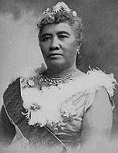







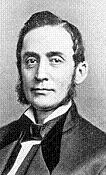






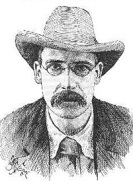

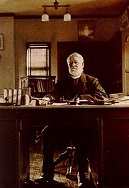

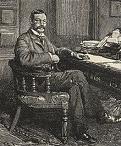



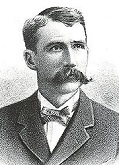

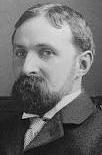
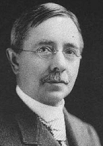




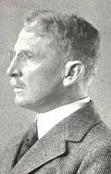



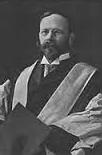

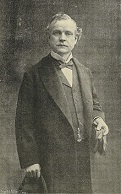







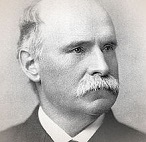
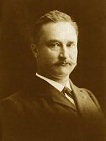








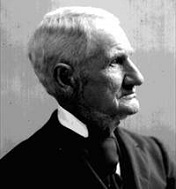
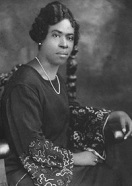



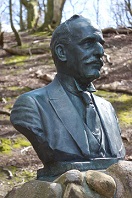


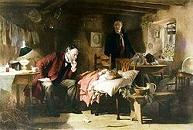
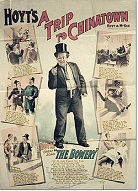





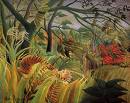

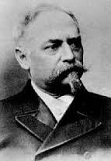

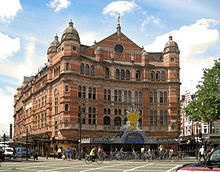
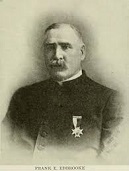
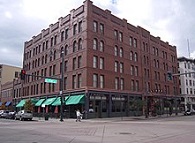

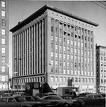
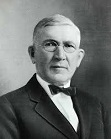



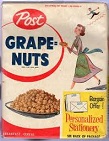
1891 There is a widespread famine in Russia this year, and the Jewish residents of Moscow, St. Petersburg, and Kiev are expelled, 100K immigrating to the U.S. via Ellis Island with the help of the Hebrew Immigrant Aid Society (founded 1881). On Jan. 15 Kicking Bear (1846-1904) becomes the last Lakota warrior to surrender to the U.S. govt. in the wake of the Wounded Knee Massacre; by the end of the year he is working on Buffalo Bill's Wild West Show in Scotland. On Jan. 20 king (since Feb. 13, 1874) Kalakaua (b. 1836) dies in San Francisco, Calif., and on Jan. 29 his sister Liliuokalani (Lydia Dominis) (1838-1917), wife (since 1862) of haole of Italian descent John Owen Dominis (1832-91), who live together in the large white Washington Place mansion in Honolulu becomes monarch #8 (last) of Hawaii (until Jan. 9, 1895), becoming determined to end U.S. and European domination of Hawaii, while the U.S. sugar growers plot behind her back to overthrow her and get Hawaii annexed in order to end duties and prevent sugar growers in La., Colo. and elsewhere from putting them out of business; meanwhile Japan is waiting in the wings?; John dies on Aug. 27 one week after being made prince consort. In Jan. The Strand Magazine begins pub., with initial circ. of 300K, based in Burleigh St. off The Strand, London, ceasing pub. in Mar. 1950; first ed. (1891-1930) is Herbert Greenhough Smith (1855-1935), who goes on to pub. many Arthur Conan Doyle Sherlock Holmes stories and boost his career. On Feb. 1 the whaler Star of the East sees a new Jonah created when harpooner James Bartley disappears while harpooning a sperm whale near the Falkland Islands; after being hoisted on deck 24 hours later, the whale's stomach wiggles and they cut it open, finding Bartley inside alive, his skin permanently blanched white like parchment; pub. in 1947 by Natural History mag. after discovering a letter; made-up by the press to sell print to Bible-thumpers? On Feb. 6 Antonio Starabba, Marchese di Rudini (1839-1908), a longtime supporter of Giuseppe Garibaldi becomes PM of Italy (until May 15, 1892). On Feb. 6 the Dalton Gang commits its first crime, a train robbery in Alila, Calif.; on Sept. 15 they hold up a train and take $2.5K in Wagoner, Okla. On Feb. 23 after returning from exile in Bulgaria after the abdication of King Milan IV Obrenovic on Mar. 6, 1889, pro-Russian Socialist Nikola P. Pasic (Pashitch) (Pachitch) (1845-1926) becomes PM of Serbia (until Aug. 22, 1892), going on to dominate Serbian politics for the next four decades as PM in 1904-5, 1906-8, 1909-11, 1912-18, 1921-4, and 1924-6. On Mar. 4 after complaints by British writers Rudyard Kipling, Thomas Hardy, Walter Besant, and William Black, the U.S. adopts the U.S. Internat. Copyright (Chace) Act of 1891, sponsored by U.S. Sen. (R-R.I.) (1885-9) Jonathan Chace (1829-1917), finally upholding internat. copyrights and ending America's status as a copyright pirate haven where only copyrights of U.S. citizens are respected; poet Robert Underwood Johnson (1853-1937), secy. of the Am. Copyright League is instrumental in its passage; the right of authors to bargain for their work causes the advent of U.S. literary agents; too bad, Harper & Bros. pub. house had made its main biz the selling of cheap reprints of foreign authors, and almost goes bankrupt, allowing Frank Nelson Doubleday (1862-1934) (who partnered with Samuel S. McClure of McClure's Mag. in Mar. 1897) to take control in 1898, only to bail out when he finds out how bad their books look. On Mar. 17 anchor liner SS Utopia collides with British steamship Anson off Gibraltar, killing 574. In Mar. after returning from a round-the-world journey via Japan, future Russian Tsar Nicholas II opens and blesses the construction of the Far East segment of the Trans-Siberian Railway (Railroad) in Vladivostok, and has a special train built in St. Petersburg to carry him across Russia; the railway segment is completed in 1916. On Apr. 1 the London-Paris Telephone Connection opens. On Apr. 1 Philly-born William Wrigley Jr. (1861-1932) founds the William Wrigley Jr. Co. in Chicago, Ill. to sell soap and baking powder, offering free chewing gum with each can, which proves more popular than the baking power, going on to specialize in chewing gum next year and become #1; in 2005 it purchases Life Savers and Altoids from Kraft Foods for $1.5B; on Jan. 23, 2007 it acquires 80% of A. Korkunov for $300M; on Apr. 23, 2008 Mars Co. acquires it for $23B. On Apr. 16 British ship St. Catharis sinks off Caroline Island, killing 90. On May 15 Pope (since 1878) Leo XIII (1810-1903) issues the encyclical Rerum Novarum (Of Revolutionary Change), arguing for the dignity of the working poor and their right to form labor unions, and against Socialism. In May the People's Party of Am. is organized in Cincinnati, Ohio by 400 delegates, becoming known as the Populist Party, going on to get 50 candidates elected to Congress from 16 states and one territory by 1903. On June 6 alcoholic John A. Madonald (b. 1815) dies in office, and on June 16 after Sir John S.D. Thompson is passed over (or declines) for being a (gasp) Roman Catholic convert, Sir John Joseph Caldwell Abbott (1821-93) (great-grandfather of actor Christopher Plummer, b. 1929) is elected as PM #3 of Canada (until Nov. 24, 1892). On June 29 Italian PM Rudini announces that the Triple Alliance between Germany, Austria-Hungary and Italy has been renewed for six (really 12) years, and hints at Britain possibly making it a quadruple alliance, freaking out the French, who fear interference with their N African empire, and the Russians, who want to open the Dardanelles. On July 4 Congress approves a new U.S. flag with 44 stars (design #22), which now incl. Wyoming. On July 31 Great Britain declares all territories in South Africa up to the Congo to be within its sphere of influence. On Jan. 16 after British intrigue, the Chilean War of 1891 begins as the Chilean nat. congress calls upon vice-adm. Jorge Montt Alvarez (1845-1922) to overthrow pres. (since 1886) Jose Manuel Balmaceda; Montt's forces occupy the nitrate fields in the N, recruit nitrate workers into their army, and defeat Balmaceda's forces at Concon and Placilla, causing Balmaceda to flee to the Argentine embassy, where he commits suicide on Sept. 19; on Dec. 26 Montt becomes pres. #12 of Chile (until Sept. 18, 1896), and congress reigns over the presidency until 1925; meanwhile labor unrest over unemployment and high food prices feeds the union and anarchist movements. In Aug. France and Russia make a preliminary agreement to consult in the event that pesky Germany should commit an act of agression against either one of them. On Sept. 9 the Japan Society is founded in London, England. On Sept. 22-28 the Okla. Land Run of 1891 is a set of three horseraces among 20K white homesteaders to stake claims on 6,097 plots of 160 acres each on the former lands of the Iowa, Sac and Fox, Potawatomi, and Shawnees in C Okla., founding Tecumseh, Okla. in Pottawatomie County, and Chandler, Okla. in Lincoln County. In the fall the British Liberal Caucus proposes the unified Newcastle Reform Program, incl. Home Rule and electoral reform. On Oct. 1 the first-ever brewery tax in Denmark comes into effect; in 1894 there are 231 breweries in Denmark (pop. 2.1M), which produce 52M gal./year (24 gal. per capita) and pay a tax of $2.5M; there is no tax in Sweden and Switzerland. On Oct. 1 Stanford U. (originally called Leland Stanford Jr. Univ.) in Calif. (founded 1885) officially opens, with former (1872-85) Indiana U. pres. David Starr Jordan (1851-1931) (an evolutionist ichthyologist) as pres. #1 (until 1913); it is coed from the start; tuition is free until 1920. On Oct. 28 (6:00 a.m.) the 8.4 Great (Mino-Owari) (Nobi) Earthquake of Japan of 1891 causes damage over a 4.2K sq. mi. area from Tokyo to Osaka, killing 7K-10K. On Nov. 6 Comanche, the only 7th Cavalry horse to survive George Armstrong Custer's Last Stand at the Little Bighorn dies at the age of 28 at Fort Riley, Kan. On Nov. 30 former pres. (1874-6) Ponciano Leiva of the Progressive Party becomes pres. of Honduras (until Aug. 7, 1893), causing liberal uprisings that last until WWII. The Wahhabis of Nejd are overthrown by a rival dynasty, causing Abd-al Rahman (youngest son of Faisal) and his son Abdul-Aziz Ibn-Saud (b. 1880) to go into exile. The anti-Sharia liberal-secularist Muslim Young Turk Movement is formed in Geneva. The Third Universal Peace Conference in Rome, led by Swiss journalist Elie Ducommun (1833-1906) founds the Internat. Peace Bureau (Bureau International de la Paix) in Berne, with Fredrik Bajer (1837-1922) of Denmark as its first. pres. (until 1907), becoming the non-govt. internat. peace org., pushing arbitration to stop wars; it wins the Nobel Peace Prize in 1910 - in 1914 they should have taken it back? Bismarck is elected to the German Reichstag, but refuses to serve. Am. sharpshooter Annie Oakley (1860-1926), "America's sweetheart", "Little Sure-Shot" shoots the ashes off Kaiser Wilhelm II's cigarette at an exhibition in Europe; he also visits London - casing the joint? too bad she didn't shoot him and prevent WWI? Ohio Rep. William McKinley is gerrymandered out of his House seat, and, backed by wealthy, protective tariff-loving Cleveland industrialist Marcus Alonzo "Mark" Hanna (1837-1904) is elected gov. of Ohio (reelected in 1893). A sheep shearer strike in Queensland, Australia is quashed by the Australian govt., causing British-born radical journalist William Lane (1861-1917) to propose the New Australia Colony Socialist utopia in Paraguay, founding the New Australia Cooperative Settlement Assoc. next year, after which on July 1, 1893 238 settlers set sail on the Royal Tar; too bad after white supremacist Lane forbids mingling with the natives, along with alcohol, it begins falling apart in 1894, when most of the settlers return to Australia; Lane founds the new colony of Cosme until 1899, then returns to Australia after turning conservative. The Pan-German League (Alldeutscher Verband) is founded one year after the Heligoland-Zanzibar Treaty to spread German imperialism incl. anti-Semitism, reaching 40K members in 1922, enjoying links to the 300K-member Agrarian League to influence the German state. In New Orleans 11 Italians accused of murdering a policeman are acquitted then lynched; the newspaper accounts contain the first use of the word "Mafia"? The libel action Gordon-Cummings v. Lycett features the Prince of Wales admitting that he played baccarat for high stakes - it's so much less stress? The U.S. Post Office begins Rural Free Delivery (RFD); the carrier has to provide his own horse, buggy, feed, and water, and is paid $45 a mo. for a 25-30 mi. route. The U.S. Forest Reserve Act of 1891, drafted by Gifford Pinchot (1865-1947) finally turns around the wanton squandering of U.S. forests, at the expense of permitting controlled commercial harvesting. The U.S. Three Prisons Act is passed, authorizing the first three federal penitentiaries, incl. USP Leavenworth, USP Atlanta, and USP McNeil Island, with limited supervision by the U.S. Dept. of Justice. The town of Aurora, Colo. (modern-day pop. 361K), a 4 sq. mi. Great Plains area E of Denver, Colo. centered around Colfax Ave., founded last year by Cobourg, Ont., Canada-born wealthy Denver real estate developer and Presbyterian minister Donald George Fletcher (1849-1929) along with Thomas Hayden and Charles Dickenson is incorporated, with H.M. Miliken as mayor #1; in Oct. 1893 Fletcher sells out after the 1893 Silver Crash causes him to lose his fortune and move to Cripple Creek, Colo., leaving the town without a stable source of water and a large water bond debt, causing the remaining owners to petition Denver in vain for annexation, after which in 1902 part of the town becomes part of Adams County, the rest becoming part of South Arapahoe County; in 1907 the town is renamed Aurora, going on to see Fitzsimons Army Hospital open in 1918, Lowry Air Force Base in 1938, and Buckley Air Force Base in 1942; by the late 1970s it becomes the fastest-growing city in the U.S., fighting to gain recognition as co-equal with Denver, hampered by lack of a large central business district. The city of Albuquerque, N.M., on the Rio Grande River is incorporated (modern pop. 250K). Britain annexes Nyasaland, and makes it a protectorate next year, with Sir Henry Hamilton "Harry" Johnston (1858-1927) as the first high commissioner (until 1896), going on to use Royal Navy gunboats to wipe out slavers, and working with Lord Salisbury to formulate the Cape to Cairo Plan to acquire a continuous band of territory for Britain in Africa. Gen. Alfred Graf von Schlieffen (1833-1913) becomes German chief of staff (until 1905), spending his last 12 years perfecting the Schlieffen Plan for a quick invasion of France via Belgium and Holland, which is used in WWI after his successor Gen. von Moltke takes Holland out, and used again in WWII after Hitler puts Holland back in. Russia begins the Trans-Siberan Railway from Vladivostok to Chelyabinsk (completed in 1904). The practice of circuit riding by U.S. Supreme Court justices (begun 1789) is abolished. The village of Lestershire in N.Y., 5 mi. E of Endicott is founded by the Endicott-Johnson Corp., one of the largest shoe-manufacturing cos. in the world; in 1916 it is renamed Johnson City in honor of corp. founder George F. Johnson. Buena Vista U. (originally Buena Vista College until 1995) is founded in Storm Lake, Iowa by the Presbyterian Church USA; sports teams are nicknamed the Beavers; alumni incl. Montreal Expos gen. mgr. Jim Fanning. Drexel U. (originally the Drexel Inst. of Art, Science, and Industry until 1936, then Drexel Inst. of Technology until 1970) is founded in Philadelphia, Penn. by banker-financier Anthony Joseph Drexel Sr. (1826-93) for instruction in "practical arts and sciences" for men and women. Seattle U. in Seattle, Wash. is founded by the Jesuits, becoming the largest independent univ. in the NW U.S. The Hotchkiss School in Lakeville, Conn. is founded by Yale U. pres. Timothy Dwight V and heiress Maria Harrison Bissell Hotchkiss (1827-1901) to prepare "the pampered sons of rich gentlemen" for Yale U., admitting its first 50 boarding students next year for 600 apiece; the motto is "Be a gentleman"; headmaster George Van Santvoord becomes known as the Duke, causing Time mag. to pub. "Education: The Duke Steps Down" in 1954; the class of 1924 incl. U.S. Navy secy. 1963-7) Paul Nitze, U.N. ambassador (1969-71) Charles Woodruff Yost, U.S. deputy secy. of defense (1961-4) Roswell Gilpatric, an Chapman Rose; in 1974 it goes coed. The Seattle Times (originally the "Seattle Press-Times") daily 4-page newspaper is founded in Seattle, Wash.; on Aug. 10, 1896 Maine-born atty. "Col." Alden J. Blethen (1845-1915) of Kansas City, Mo. and Minneapolis, Minn. acquires it, renaming it the "Seattle Daily Times", and pumping up circ. from 4K to 70K by 1915 by introducing large typefaces for headlines, incl. more photographs, a color comic Sun. supplement, and flamboyant and partisan news coverage, starting by supporting William Jennings Bryan for U.S. pres. in 1896 over William McKinley, who was backed by the rival Seattle Post-Intelligencer; on Mar. 6, 2000 it switches to a morning newspaper; after his death the newspaper stays in the family, incl. lavish-spending Clarance Brettun Blethen (1879-1941) (1915-41), who sells 49.5% of the co.'s voting shares to the Ridder Bros., tying the family up in litigation for decades; William Kingsley Blethen (1913-67) (1949-67); John Alden "Jack" Blethen (1918-93) (1967-82); and Frank A. Blethen (1942-) (1985-), who after lobbying by Ridder is chosen over his duck hunting-loving cousin Jack's son Alden "Buster" Blethen (1952-2006), who becomes nat. advertising mgr.; the newspaper goes on to become the 2nd largest on the West Coast; the mascot is an eagle. Am. playwrights Bronson Crocker Howard (1842-1908) and David Belasco (1853-1931) found the Am. Dramatists Club, which later becomes the Society of Am. Dramatists and Composers, to fight play piracy and assure playwrights fair treatment by producers. Austrian novelist Bertha von Suttner (1843-1914) founds the Austrian Society of Peace Lovers, and plays a prominent role in a peace congress in Rome this year, followed by another in Bern in 1894, Antwerp in 1894, and Hamburg in 1897, founding the periodical Die Waffen Nieder! (Lay Down Your Weapons) (named after her 1889 novel) in 1892 (until 1899), and going on to win the 1908 Nobel Peace Prize; Austrian Jewish journalist Alfred Hermann Fried (1864-1921) works with her and helps found the German peace movement, going on to propose the League of Nations and win the 1911 Nobel Peace Prize - Jew and Fried, hmmm, gives Hitler ideas? The Calvinist "Particular" Baptist Church reuinites with the original "General" Baptist Church to create the Baptist Union. New York City Presbyterian minister Charles Henry Parkhurst (1842-1933) becomes pres. of the New York Society for the Prevention of Crime, and does his alma mater Amherst College proud by finding that the pigs, er, police are in league with the criminals, many of whom are in Tammany Hall, giving a speech from the pulpit next Feb. 14 exposing them, causing an investigation in 1894 resulting in a number of police being arrested and convicted. The Nat. Canine Defence League is founded in Britain; reaching 1K members in 1902, 6.5K in 1910, and 300K by 2000; in 2003 it becomes the Dogs Trust. Calif. Inst. of Technology (Caltech) (originally Throop Polytechnic Inst.) is founded in Pasadena, Calif. by businessman-politician (mayor #3 of Pasadena in 1888-90) Amos Gager Throop (1811-94), going on to become home of the Mount Wilson Observatory in 1904. Vladimir Lenin receives a law degree from St. Petersburg U. Newspaper publisher Warren G. Harding (b. 1865) of Ohio marries wealthy widow Mrs. Florence Kling DeWolfe (1860-1924), and launches a career in politics, becoming state senator in 1899, lt. gov. in 1904, and U.S. sen. in 1914; they have no children - play the Star Wars theme? Lexington, Miss.-born teacher Minnie M. (Geddings) Cox (1869-1933) is appointed postmaster of Indianola, Miss. by Pres. Harrison, becoming the first African-Am. U.S. postmaster; in 1897 she loses her job under Pres. Cleveland, then regains it in 1897 under Pres. McKinley, continuing to serve under Pres. Theodore Roosevelt; too bad, local white citizens begin agitating to oust her, led by white supremacist politician James K. Vardaman, and vote for her to resign on Jan. 1, 1903, causing Pres. Roosevelt to close the Indianola post office until she resumes her duty, sparking a nat. uproar; when her term expires in 1904, she opens a bank and insurance co. in Indianola. After trying Independence, Kan., Fort Worth, Tex., and Europe, chronically-ill (hypochondriac?) Charles William "C.W." Post (1854-1914) of Springfield, Ill. moves to James Harvey Kellogg's Battle Creek Sanitarium in Battle Creek, Mich. for his health, and in 1895 invents Postum wheat-bran-molasses coffee substitute, founding Postum Cereal Co., which in 1925 acquires Jell-O Co., followed by Swans Down brand cake flour (1926), Minute brand tapioca (1926), Log Cabin syrup (1927), Baker's coconut (1927), Baker's chocolate (1927), and Maxwell House Coffee (1928); in 1897 he invents Grape Nuts brand cereal, which has neither grapes nor nuts in it, and becomes the first mass-marketed cereal; in 1929 the co. becomes Gen. Foods, for which Postum Co. pays $22M for a controlling interest, and in Nov. 1985 is acquired for $5.6B by Philip Morris Co., which acquires Kraft Inc. in 1990 to create Kraft Gen. Foods (KGF), which becomes Kraft again in 1995 - millions try to imagine eating grapes and nuts while crunching on wheat and barley? Internat. Correspondence Schools is founded in Scranton, Penn. - I'll bet they'll need a good paper supply company? The Am. Brewing Academy (later the Wahl-Henius Inst. of Fermentology) is founded in Chicago, Ill. by Aahlborg, Denmark-born biochemist Max Henius (1859-1935) and Robert Wahl (1858-1937), becoming a top school for brewmasters until 1921. Dutch-born impresario-critic Jacob Thomas "Jack" Grein (1862-1935) founds the subscription-only Independent Theatre Society in London to give "special perf. of plays which have a lit. and artistic rather than a commercial value", concentrating on modern realist plays by Euro playwrights. French painter Paul Gaugin invents Tahiti Fever by giving up on bourgeois civilization and selling 30 paintings to finance his move; when he gets there he shacks up with native "Living Eve" wife Tehura - moving in with the palms and grass skirt girls, only to find out that it too becomes a drag? Greek French poet Jean Moreas (Moréas) (1856-1910) ditches Symbolism and founds the Ecole Romane lit. movement, calling for a return to the classic restrained forms of medieval French poetry. Now that he is safely out of the way, Van Gogh's great paintings are exhibited at the Salon des Independents (founded 1884) - the original for years I struggled with my weight? Sigmund Freud moves into 19 Bergasse in Vienna (until 1938). French artist Henri de Toulouse-Lautrec produces his first music hall posters. Pope Leo XIII founds the Vatican Observatory in Castel Gandolfo, Italy. Alfred Nobel and his assistant Wilhelm Unge move to San Remo, Italy, where he sets up a lab in his Villa Nobel in Sanremo, which he originally calls Mio Nido (My Nest) until a friend reminds him that a nest is for two people, and he's a bachelor? The first lager beer brewery in Ireland is established in Dartry, Dublin. Marcellus F. Berry of the Am. Express Co. launches Am. Express Traveller's Checks. George A. Hormel & Co. meat packing co. is founded in Austin, Minn. by George Albert Hormel (1860-1946) and his brothers Benjamin, Herman, and John, changing its name to Hormel Foods in 1993; products incl. Jennie-O, Dinty Moore, Farmer John, Chi-Chi's, Spam, La Victoria, and Skippy. Brothers Gerard Philips (1858-1942) and Anton Frederik Philips (1874-1952) found Royal Philips Electronics Co. in Eindhoven, Netherlands, which goes on to become a major consumer electronics manufacturer. Sports: On Jan. 7-Mar. 5 the 1891 Amateur Hockey Assoc. of Canada (AHAC) Season sees the Montreal Hockey Club win 8-0. Clark Calvin Griffith (1869-1955), AKA "the Old Fox" debuts with the St. Louis Browns, Boston Reds, and Chicago Colts, allegedly inventing the screwball and compiling six straight seasons with 20+ Vs in 1894-9, with an AA low ERA of 1.88 in 1898, then helping form the AL in 1901 and ending up managing and owning the Washington Senators. Isaac Burns Murphy (1861-96) (black) becomes the first jockey to win the Kentucky Derby 3x (1884, 1890). Charles Barter of England patents the game of Ping-Pong (Table Tennis), played with a hollow cored ball. Architecture: In Apr. Carnegie Hall two blocks S of Central Park at 881 Seventh Ave. between West 56th St. and West 57th St. in midtown Manhattan, N.Y. (cap. 3,671) opens, built by philanthropist Andrew Carnegie and designed by architect William Burnet Tuthill (1855-1929), becoming one of the top classical and popular music venues on Earth. On May 5 Carnegie (Music) Hall in New York City has its opening night. The Oxford Hotel at 1612-17th St. in downtown Denver, Colo. is built, designed by Brown Palace architect Frank E. "F.E." Edbrooke (1840-1921); during Prohibition the Cruise Room (with an interior modeled after the lounge on RMS Queen Mary) operates as a speakeasy; by the 1950s it becomes a flophouse on Denver's Skid Row, but after it is listed on the Nat. Register of Historic Places in 1979, a new owner remodels it. The "classic column" 10-story red brick Wainwright Bldg. in St. Louis, Mo., designed by Louis Henri Sullivan (1856-1924) (begun in 1891) is completed. The Blessed Virgin Mary of the Holy Rosary Sanctuary in Pompei, Italy is begun, commissioned by Dominican confessor ("Apostle of the Rosary") (Blessed) Bartolo Longo (1841-1926) to house the miraculous image of Our Lady of the Rosary given to him by his confessor Father Alberto Radente in 1875 after he turned Satanist and reconverted by praying the rosary. The Boston Flag of Judah consisting of two blue horizontal stripes on a white background with a Star of David in the center is created by Lithuanian-born Rabbi Jacob Baruch Askowith of Boston, Mass., and displayed in next year's 400th anniv. Columbus Day Parade; the word "Maccabee" in Hebrew letters is later replaced by "Zion", and adopted by the Second Zionist Congress in Basel, Switzerland in 1898, then flown at the 1904 World's Fair in St. Louis, Mo., gaining internat. attention, finally being adopted in 1948 by the new Jewish state of Israel. Inventions: On Oct. 6 George L. Cummings of New York City receives U.S. Patent #460,935 for a "pneumatic sucker" hood that that rests on casters to reduce friction, a flexible hose, and a vacuuming apparatus that can be carried by a truck or permanently installed in a large bldg. French physicist Louis Arthur Ducos du Hauron (1837-1920) invents Anaglyph Stereoscopic Printing, in which left/right red/blue channels are fed separately to the eye, which combines them into a 3-D image. Arthur Constantin Krebs (1850-1935) of France designs the 3.5K-franc Panhard, the first practical gasoline-powered automobile, with four wheels, a front-mounted engine and rear-wheel drive, a crude sliding-gear transmission with an electromagnetic gearbox, and the first castor-angled front wheels, all of which he patents in May 1896; in 1898 Krebs replaces the tiller with an inclined steering wheel with non-reversible steering, and engine balance; in 1901 he begins using nickel steel alloys; in 1902 he invents the automatic diaphragm carburetor; in 1906 he invents the shock absorber; in 1905 he invents the electric brake dynamometer for engine testing; in 1907 he invents the multi-disc clutch; in 1911 he invents the elastomeric flexible coupling (Flector joint); in 1915 he invents the worm gear differential; in 1898-1902 Panhard et Levassor builds 500 cars under license, going on to become one of the largest automobile manufacturers before WWI. On June 21 Nikola Tesla first demonstrates alternating current (AC) for commercial use at the Ames Power Plant in Colo. between Silverton and Telluride, teaming with financier George Westinghouse to take on his ex-boss Thomas Edison and his financial backer J.P. Morgan, who push DC; meanwhile J.D. Rockefeller tries to create a scare about the unsafeness of electricity to preserve his kerosene lighting business; Tesla goes on to build a weird funky lab in Colo. Springs in 1899 to develop wireless transmission of electrical power using Tesla Coils, which he abandons in 1900 after all kinds of weird accidents cause rumors to spread; on July 30 he is granted U.S. citizenship. Irish-born Baltimore, Md. Quaker William Painter (1838-1906) invents the crown bottle cap, and patents it on Feb. 2, 1892 (#468,226, 468,258), forming the Crown Cork and Seal Co. in Baltimore, Md. and becoming a millionaire, going on to invent a crown bottle cap opener, a bottle capping machine, a paper-folding machine, a safety ejection seat for passenger trains, and a machine for detecting countefeit currency; not until the 1960s does the twist-off cap offer any serious competition. The Carcano line of bolt-action military rifles and carbines is introduced in Italy; one later is allegedly used by Lee Harvey Oswald to murder JFK. C.F. Cross, C. Beadle and E.J. Bevan of Courtalds Ltd. in Britain discover how to manufacture Viscose Rayon, and patent it next year. French physicist Jonas ferdinand Gabriel Lippmann (1845-1921) invents the Lippmann Plate for color photography, which reproduces colors photographically based on the phenomenon of interference, with the extremely fine emulsion (0.01 micrometers) having an extremely high resolving power (400 lines/mm), winning him the 1908 Nobel Physics Prize. In early Dec. after his boss Luther Halsey Gulick challenges him to invent a new indoor game for long New England winters, 5'10-1/2" white Canadian-born YMCA physical education teacher James Naismith (1861-1939) of the School for Christian Workers (founded 1885) (Internat. Young Men's Christian Assoc. Training School) (Internat. YMCA College) (Springfield College in 1954) in Springfield, Mass. (founded in 1885) invents the game of Basketball (with 13 rules) (based on the Canadian children's game Duck on a Rock?), using a soccer ball with a simple peach basket (later lost?) as the goal in an effort to create a sport where agility trumps brute force; there are 9 players per side; he introduces it to his 19 students on Dec. 21; the first true game of basketball is played on Jan. 20, 1892, and the Student Unions defeat 23rd St. by a final score of 1-0; a replica of the court is later built in Paris, France by the Paris YMCA Union, becoming the world's oldest basketball court after the one in Springfield burns down; Naismith's student Frank Mahon gives the game its name; on Jan. 15, 1892 the first rules for basketball (by Naismith) are pub. in The Triangle, the Springfield, Mass. YMCA newspaper. Nikola Tesla (1856-1943) demonstrates wireless transmission of electrical power at his lab in New York City. Wireless telegraphy is first done on a small scale. The explosive PETN (PENT) (pentaerythrigol tetranitrate) is synthesized in Germany by Bernhard Christian Gottfried Tollens (1841-1918) and P. Wigand; it is patented in 1912, and used in WWI. Science: On Sept. 6 Am. surgeon Henry C. Dalton of St. Louis, Mo. performs the first successful pericardial sac repair operation on a 22-y.o. man with a stab wound in the heart. Am. dentist Greene Vardiman Black (1836-1915) of Chicago, Ill. begins advocating a scientific cavity preparation to prevent recurrence of decay around the margins of the fillings. Am. surgeon William Bradley Coley (1862-1936) successfully treats a tumor by injecting the patient with streptococcal cultures, later killing the bacteria first, pioneering Immunotherapy. Dutch paleoanthropologist Marie Eugene Francois Thomas Dubois (1858-1940) discovers Java Man in Java, Indonesia, naming it Pithecanthropus erectus after becoming convinced that the human species originated in the tropics, becoming the first early hominid specimens to be found outside Africa or Europe, making him world famous; too bad, after fighting the scientific establishment for acceptance and gaining ground, he dies a bitter man; his specimens are later classified as Homo erectus erectus - he went ape? Antibodies are first proposed as responsible for disease immunity by German scientist Paul Ehrlich (1854-1915). Nonfiction: George Bancroft (1800-91), History of the Battle of Lake Erie, and Miscellaneous Papers. Louis Antoine Fauvelet de Bourrienne (1769-1834), Memoirs of Napoleon Bonaparte (4 vols.) (posth.) (revised ed.); by Napoleon's private secy.; ed. by R.W. Phipps. Hermann Bahr (1863-1934), Die Uberwindung des Naturalismus. Charles Augustus Briggs (1841-1913), The Authority of the Holy Scripture; claims that errors may have existed in the original text of the Bible and that Moses didn't write the Pentateuch, and that reason and the Church are equal sources of authority with the Bible, getting him put on trial for heresy in 1892 by the Presbyterian Church, acquitted, then fired next year by the gen. assembly, which only makes him more popular? Daniel Garrison Brinton (1837-99), The American Race: A Linguistic Classification. Oscar Browning (1837-1923), Dante: His Life and Writings; The Life of Bartolomeo Colleoni of Anjou and Burgundy. William Cabell Bruce (1860-1946), The Negro Problem; "From first to last it should be borne in mind that the Negro Problem is a race problem." Walter Camp (1859-1925), American Football. Richard Christopher Church (1815-90), History of the Oxford Movement (posth.). Edward Augustus Freeman (1823-92), History of Sicily (1891-4). James Anthony Froude (1818-94), The Divorce of Catherine of Aragon. Hamlin Garland (1860-1940), The Mystery of the Buried Crosses (last book); tries to prove the legitimacy of psychic mediums. Laurence Gronlund (1846-99), Our Destiny: The Influence of Socialism on Morals and Religion. Albert Bushnell Hart (1854-1943), Epoch Maps Illustrating American History. Albert Bushnell Hart (1854-1943) (ed.), Reuben Gold Thwaites (1853-1913), and Woodrow Wilson (1856-1924), Epochs of American History (3 vols.) (1891-3); incl. "The Colonies, 1492-1750", "Formation of the Union, 1750-1829", "Division and Reunion, 1829-1889". George Kennan (1845-1924), Siberia and the Exile System (2 vols.). Fanny Kemble (1809-93), Further Records. Andrew Lang (1844-1912), Essays in Little; On Calais Sands. Samuel Pierpont Langley (1843-1906), Experiments in Aerodynamics. Otto Ludwig (1813-65), Shakespeare-Studien (posth.); praises Shakespeare while dissing Friedrich Schiller. Andrew Cunningham McLaughlin (1861-1947), History of Higher Education in Michigan (first book); Lewis Cass. John M'Clintock and James Strong, Cyclopaedia of Biblical, Theological and Ecclesiastical Literature. James Mooney (1861-1921), The Sacred Formulas of the Cherokees. Max Mueller (1823-1900), Physical Religion (Gifford Lecture). Margaret Oliphant (1828-97), Jerusalem. Herbert Hope Risley (1851-1911), The Study of Ethnology in India; founds "the racial theory of Indian civilization" (Thomas Trautmann), with the soundbyte: "By century's end had become a settled fact, that the constitutive event for Indian civilisation, the Big Bang through which it came into being, was the clash between invading, fair-skinned, civilized Sanskrit-speaking Aryans and dark-skinned, barbarous aborigines", claiming that the Rig Veda is an ancient record of it, making a fan of philologist Max Muller; The Tribes and Castes of Bengal (4 vols.); filled with anthropometric data from his survey of Bengal, becoming a classic of scientific racism, dividing Indians into superior light-skinned Aryan and inferior dark-skinned Dravidian races using the ratio of the width of a nose to its height, and claiming that it applied throughout the Indian caste system, with the soundbytes: "The social position of a caste varies inversely as its nasal index", and "Community of race, and not, as has frequently been argued, community of function, is the real determining principle, the true causa causans, of the caste system", getting his ideas incorporated in the 1901 and 1911 Indian censuses. George John Romanes (1848-94), Aristotle As A Naturalist. F.C.S. Schiller (1864-1937), Riddles of the Sphinx: A Study in the Philosophy of Evolution; pub. anon.; rev. ed. 1894 not pub. anon.; attempts to bridge naturalism and metaphysics, accusing the former of ignoring the fact that the latter is required to justify our natural description of the world, and accusing the latter of losing sight of the world we actually live in to construct grand imaginary worlds, making naturalism unable to explain consciousness and freewill, and metaphysics unable to explain the imperfect changing physical world; the rev. ed. (1910) attempts to reconcile his views to William James' pragmatism. George Bernard Shaw (1856-1950), The Quintessence of Ibsenism (rev. ed. pub. 1913); defends Ibsen. Henry Sidgwick (1838-1900), The Elements of Politics. Goldwin Smith (1823-1910), Canada and the Canada Question; argues that "Canada is a political expression", an artificial state that can only achieve its potential through a "reunion" with the U.S. to create the "United Continent of North America"; in 1868 he spoke against Irish Home Rule, saying "(As I) stand against the dismemberment of the great Anglo-Saxon community of the West... I now stand against the dismemberment of the great Anglo-Saxon community of the East." William Graham Sumner (1840-1910), The Financier and the Finances of the American Revolution (2 vols.). Wilhelm Voge (1868-1952), Dissertation on Ottonian Painting; establishes the existence of the Reichenau School of Painters. Edvard Alexander Westermack (1863-1939), The History of Human Marriage (2 vols.); decribes the Westermarck Effect, where people who live in close domestic proximity early in life later become desensitized to close sexual attraction, adding to theories of incest taboo. William Dwight Whitney (1827-94) (ed.), The Century Dictionary (6 vols.); a combo dictionary-encyclopedia by the first great U.S. linguist; basis of the 2-vol. "New Century Dictionary". Art: George Henry Boughton (1833-1905), Portrait of Rose Standish. Eugene Anatole Carriere (1849-1906), Portrait of Paul Verlaine. Mary Cassatt (1844-1926), The Letter. Paul Cezanne (1839-1906), Portrait of Madame Cezanne. Walter Crane (1845-1915), The Mower. James Ensor (1860-1949), Skeletons Fighting Over a Hanged Man. Luke Fildes (1843-1927), The Doctor; uses the sickbed of his little son for inspiration; in 1949 the Am. Medical Assoc. prints 65K copies to campaign against Pres. Truman's proposal for nationalized medical care, with the slogan "Keep politics out of this picture". Winslow Homer (1836-1910), Huntsman and Dogs (28" x 48"). George Inness (1825-94), Sunset in the Woods. Jean-Louis Meissonier (1815-91), Barricade. Claude Monet (1840-1926), Grainstacks (Haystacks): Snow Effect. Camille Pissarro (1830-1903), Two Young Peasant Women. Henri Rousseau (1844-1910), Pierre Loti (1850-1923); Surprise! (Tropical Storm with a Tiger); tiger crouching in jungle; his first jungle scene. Marie Spartali Stillman (1844-1927), Convent Lily; Cloiser Lillies. Edouard Vuillard (1868-1940), The Green Interior, or, Figure in Front of a Window with Drawn Curtains. Music: Antonin Dvorak (1841-1904), Symphony in E major (In Nature's Realm), Op. 91; Symphony No. 2, Op. 92, Carnival Overture. Alexander von Fielitz (1860-1930), Vendetta (opera). Ethelberg Woodbridge Nevin (1862-1901), Water Scenes, Op. 13 (suite); incl. Narcissus (No. 4). Horatio William Parker (1863-1919), A Star Song. Sir Hubert Parry (1848-1918), De Profundis. Sergei Rachmaninoff (1873-1943), Piano Concerto No. 1 (rev. 1917). Agnes Repplier (1855-1950), Points of View. Sir Arthur Sullivan (1842-1900) and Julian Sturgis (1848-1904), Ivanhoe (opera) (Royal English Opera House, Westminster, West End, London) (Jan. 31) (160 perf.); based on the 1820 novel by Sir Walter Scott; first production of the red brick Palace Theatre (originally the Royal English Opera House) at Shaftesbury Ave. near Charing Cross Rd. in West End, London on the W side of Cambridge Circus (cap. 1.4K), designed by architect Thomas Edward Collcutt for Richard D'Oyle Carte.; in 1897 it begins screening films; in 1925 it produces the comedy "No, No, Nanette"; in 1961 it produces "The Sound of Music" (2,385 perf.); in 1972-80 it produces "Jesus Christ Superstar"; in 1985-2004 it produces "Les Miserables"; in 1983 it is acquired by Andrew Lloyd Webber; in 2006-Jan. 2009 it produces Monty Python's "Spamalot". Carl Zeller (1842-98), Der Vogelhandler (Vogelhändler) (operetta) (Vienna). Plays: Hermann Bahr (1863-1934), Die Mutter (The Mother). Percy Gaunt and Charles H. Hoyt (1859-1900), A Trip to Chinatown (musical) (Madison Square Theater, New York) (Nov. 9) (657 perf.) (longest-running Broadway musical until "Irene" in 1919); features the songs The Bowery, After the Ball (first sheet music to sell 1M copies); filmed in 1926 starring Anna May Wong. Victorien Sardou (1831-1908), Thermidor. Frank Wedekind (1864-1918), Spring Awakening (Fruhlings Erwachen) (first play); causes scandal with scenes of masturbation, homosexuality, and suicide, plus references to abortion - give me a kiss for good luck? Poetry: Sir Edwin Arnold (1832-1904), The Light of the World or The Great Consummation; tries to do for Jesus what he did for Buddha. Herman Melville (1819-91), Timoleon and Other Poems. Emile Verhaeren (1855-1916), Les Flambeaux Noirs. Novels: F. Antsey (Thomas Antsey Guthrie), Tourmalin's Time Cheques; time travel story. Hermann Bahr (1863-1934), Fin de Siecle. Maurice Barres (1862-1923), Le Jardin de Berenice. Walter Besant (1836-1901), St. Katherine's by the Tower (3 vols.). Mary Elizabeth Braddon (1837-1915), The World, the Flesh and the Devil. Anton Chekhov (1860-1904), Sakhalin; a lot of brilliant engineering went into making the interior of this prison very not nice? Louis Couperus (1863-1923), Noodlot (Footsteps of Fate); similar to Oscar Wilde's 1890 "The Picture of Dorian Gray". Leon Daudet (1867-1942), Germet et Poussiere. Ignatius Loyola Donnelly (1831-1901), Doctor Huguet: A Novel; pub. under alias Edmund Boisgilbert; a liberal white intellectual is transformed into a poor black man and forced to see what it's like. Arthur Conan Doyle (1859-1930), The Adventures of Sherlock Holmes (Oct. 14); pub. in the new The Strand Mag. beginning in the July 1891 issue and ending in 1927 after 56 stories; "I play the game for the game's own sake" (Holmes); Holmes and his nemesis Prof. James Moriarty fall to their deaths in May 1891 in Reichenbach Falls in the Dec. 1893 issue, and the public outcry, bordering on nat. mourning forces a reappearance eight years later in A Scandal in Bohemia, which begins with the line "To Sherlock Holmes she is always THE woman" (Irene Adler); the 1893 story The Adventure of the Gloria Scott contains the phrase "the chaplain stood with a smoking pistol in his hand", coining the term "smoking gun". In 1893 he pub. the story The Adventure of the Greek Interpreter, introducing his older and smarter but lazier brother Mycroft Holmes. In Dec. 1893 he pub. The Adventure of the Final Problem, introducing Sherlock's archenemy Prof. James Moriarty in 1892, who both deaths from Reichenbach Falls, after which a barrage from fans causes Doyle to relent and bring Shelock back in the 1903 story The Adventure of the Empty House, later collected in the book 1903-4 book The Return of Sherlock Holmes. Theodor Fontane (1819-98), Quitt; Unwiederbringlich. Mary Eleanor Wilkins Freeman (1852-1930), A New England Nun and Other Stories. Benito Perez Galdos (1843-1920), Angel Guerra; man swings from agnostic to Roman Catholic to woo a devout babe. Arne Garborg (1851-1924), Weary Souls (Traette Maend). Andre Gide (1869-1951), Les Cahiers d'Andre (d'André) Walter; an unhappy young religious Romantic idealistic man - they are all that way until they start getting some? George Gissing (1857-1903), New Grub Street; known for its hack writers. H. Rider Haggard (1856-1925), Eric Brighteyes. Thomas Hardy (1840-1928), A Group of Noble Dames (short stories). Margaret Wolfe Hungerford (1855-97), A Little Irish Girl and Other Stories. J.K. Huysmans (1848-1907), La-Bas (Là-bas) (Down There); novelist Durtal turns to the study of the Middle Ages and 15th cent. child molester Gilles de Rais, using his Paris contact Dr. Johannes to find that Satanism is alive and well; Durtal becomes the protagonist of all his subsequent novels incl. "En Route" (1895), "La Cathedrale" (1896), and "L'Oblat" (1903), which explore his conversion to Roman Catholicism and initiation as a Benedictine oblate, making him successful enough to retire from the French civil service after 32 years. Maurus Jokai (1825-1904), There Is No Devil. Selma Lagerlof (1858-1940), The Story of Gosta (Gösta) Berling (The Story of Gösta Berlings Saga) (first novel); set in 1820s Varmland on the shores of Lake Loven (Löven) (Fryken), about deposed minister Gosta Berling, who is saved from freezing by the Mistress of Ekeby; filmed in 1924 by Mauritz Stiller starring Greta Garbo; basis of the 1925 Riccardo Zandonai opera "I Cavalieri di Ekebu". Gosta Berling. Jonas Lie (1833-1908), Trolls (2 vols.) (1891-2). Pierre Loti (1850-1923), Le Livre de la Pitie et de la Mort. Joaquim Maria Machado de Assis (1839-1908), Epitaph of a Small Winner; Philosopher or Dog? George du Maurier (1834-96), Peter Ibbetson; illustrated by the author. William Morris (1834-96), News from Nowhere; sequel to "A Dream of John Ball" (1888), about a fictitious Socialist English commonwealth. Daniel Owen (1836-95), Enoc Huws. Wilhelm Raabe (1831-1910), Stopfkuchen. Laura Elizabeth Howe Richards (1850-1943), Captain January; a lighthouse keeper and his little girl Star; filmed in 1924 starring Baby Peggy, and in 1936 starring Shirley Temple. Leopold von Sacher-Masoch (1836-95), The Lonesome. Edgar Saltus (1855-1921), Mary Magdalen. William Sharp (1855-1905), Sospiri di Roma. Francis Hopkinson Smith (1838-1915), Col. Carter of Cartersville (first novel). Carmen Sylva (1843-1916), Handwerkenlieder. Births: Am. "Song of Bernadette", "Johnny Belinda" actor Charles Ambrose Bickford (d. 1967) on Jan. 1 in Cambridge, Mass; born during the first min. of the year; acquitted at age 9 of the attempted murder of a motorist who drove over his dog; educated at MIT. Am. "Their Eyes Were Watching God" Harlem Renaissance novelist (black) Zora Neale Hurston (d. 1960) on Jan. 7 in Notasulga, Ala.; grows up in Eatonville, Fla.; educated at Howard U., and Barnard College. German Nazi official Fritz Waechtler (Wächtler) (d. 1945) on Jan. 7 in Triebes, Thuringia. German physicist (nuclear spectroscopy pioneer) Walther Bothe (d. 1957) on Jan. 8 in Oranienburg, Prussia; educated at the U. of Berlin. Russian dancer-choreographer Bronislava Nijinska (Bronislava Fominitshna Nizhinskaya) (d. 1972) on Jan. 8 in Minsk; Polish parents; sister of Vaslav Nijinsky (1889-1950). U.S. secy. of defense #2 (1949-50) Louis Arthur Johnson (d. 1966) on Jan. 10 in Roanoke, Va.; educated at the U. of Va. English biochemist Sir Jack Cecil Drummond (d. 1952) on Jan. 12 in Kensington, South London; educated at Strand School, and King's College, London. English spymaster Sir John Cecil Masterman (d. 1977) on Jan. 12; educated at Worcester College, Oxford U. Australian WWI Pvt. Jørgen Christian Jensen (d. 1922) in Logstor, Denmark; emigrates to Australia in 1909. Russian Acmeist poet (Jewish) Osip Emilevich Mandelshtam (Mandelstam) (d. 1938) on Jan. 15 (Jan. 3 Old Style) in Warsaw, Poland. Am. "A Study in Administrative History" historian Leonard Dupee White (d. 1958) on Jan. 17 in Acton, Mass.; educated at Dartmouth College, and U. of Chicago. Egyptian writer Ismail Mazhar (d. 1962) on Jan. 19. Am. violinist (Jewish) Mikhail Saulovich "Mischa" Elman (d. 1967) on Jan. 20 in Talnoye, Ukraine; grandson of a violin-playing Jewish folk musician (klezmer). Italian Communist Party founder Antonio Gramsci (d. 1937) on Jan. 23 in Ales, Cagliari, Sardinia; proposes that Communism establish "cultural hegemony" by destroying all the old Judeo-Christian institutions and their history; source of the term Gramscian Whore. German field marshal ("the Fuehrer's Fireman") Otto Moritz Walter (Walther) Model (d. 1945) on Jan. 24 in Genthin, Saxony. Am. anti-Communist diplomat-journalist-novelist and first U.S. ambassador to the Soviet Union (1933-6) William Christian Bullitt Jr. (d. 1967) on Jan. 25 in Philadelphia, Penn.; educated at Yale U. Canadian Montreal Procedure ("I can smell burnt toast") neurosurgeon Wilder Graves Penfield (d. 1976) on Jan. 26 in Spokane, Wash.; grows up in Hudson, Wisc.; emigrates to Canada in 1928; educated at Princeton U., Merton College, Oxford U., and Johns Hopkins U. Am. Luciano/Genovese crime boss ("Prime Minister of the Underworld") Frank Costello (Francesco Castiglia) (d. 1973) on Jan. 26 in Lauropoli, Calabria, Italy; emigrates to the U.S. in 1900. Soviet "The Thaw" propagandist (Jewish) Ilya Grigoyevic Ehrenburg (d. 1967) on Jan. 27 (Jan. 15 Old Style) in Kiev. Am. "The Petrified Forest", "The Adventures of Marco Polo" film dir. Archie L. Mayo (d. 1968) on Jan. 29 in New York City; starts out in vaudeville, selling shirts for a living; retires in 1946. Am. aircraft designer Walter Herschel Beech (d. 1950) on Jan. 30 in Pulaski, Tenn.; collaborator of Clyde Cessna (1879-1954). South African "Twelve Against the Gods" journalist William Bolitho Ryall (Charles William Ryall) (d. 1930) in Jan. in Droitwich; Baptist minister father; friend of Earnest Hemingway, Noel Cowad, Walter Lippman, and Walter Duranty; uses his uncle's name as an alias. Swedish diplomat Johan Birger Essen Dahlerus (d. 1957) on Feb. 6 in Stockholm. German WWII resistance fighter (Christian) Johanna Niederhellmann (d. 1956) on Feb. 6 in Monchengladbach. Austrian-British Anthroposophist Walter Johannes Stein (d. 1957) on Feb. 6 in Vienna; emigrates to England in 1933. British-Am. "Bulldog Drummond", "Lost Horizon", "A Double Life" actor Ronald Charles Colman (d. 1958) on Feb. 9 in Richmond, Surrey; emigrates to the U.S. in 1920. Italian Socialist politician Pietro Sandro Nenni (d. 1980) on Feb. 9 in Faenza, Emilia-Romagna. Am. Anheuser-Busch CEO (1934-46) Adolphus Busch III (d. 1946) on Feb. 10 in St. Louis, Mo.; son of August Anheuser Busch Sr. (1865-1934); brother of August Anheuser Busch Jr. (1899-1989). Am. "Rhapsody in Blue" novelist-playwright-journalist Elliot Harold Paul (d. 1958) on Feb. 10 in Linden, Malden, Mass. Am. Sears, Roebuck & Co. chmn. (Jewish) Lessing Julius Rosenwald (d. 1979) on Feb. 10 in Chicago, Ill.; son of Julius Rosenwald (1862-1932). Am. "The Meaning and Function of Language" educator-lexicographer Mitford McLeod Mathews Sr. (d. 1985) on Feb. 12 in Jackson, Ala.; father of Am. cryptographer Mitford McLeod Mathews Jr. (1922-1971); educated at Harvard U. Am. operatic bass (Jewish) Alexander Kipnis (d. 1978) on Feb. 13 (Feb. 1 Old Style) in Zhytomyr, Ukraine; father of Igor Kipnis (1930-2002); becomes U.S. citizen in 1931. Welsh #1 short story writer Kate Roberts (d. 1985) on Feb. 13 in Rhosgadfan, Caermarfonshire (modern-day Gwynedd); father Owen Roberts is a slate quarryman; educated at the Univ. College of North Wales, Bangor; marries fellow Plaid Cymru member Morris T. Williams (-1946) in 1928. Am. "American Gothic" painter Grant DeVolson Wood (d. 1942) on Feb. 13 in Anamosa, Iowa; son of Maryville Wood; grows up in Cedar Rapids, Iowa. German Nazi racial ideologist ("the Race Pope") Hans Friedrich Karl Gunther (Günther) (d. 1968) on Feb. 16 in Freiburg. Am. film studio exec-producer and fixer Joseph Edgar Allen John "Eddie" Mannix (d. 1963) on Feb. 25 in Fort Lee, N.J. Am. broadcasting pioneer, RCA CEO and NBC founder (Jewish) David Sarnoff (d. 1971) on Feb. 27 in Uzlyany (near Minsk), Russia (modern-day Belarus); emigrates to the U.S. in 1900. Am. "To Make My Bread" novelist Grace Lumpkin (d. 1980) on Mar. 3 in Milledgeville, Ga. Greek archbishop (1941-9) Damaskinos Papandreou (d. 1949) on Mar. 3 in Dorvitsa. Am. political cartoonist (St. Louis Dispatch, 1913-58) Daniel R. (Robert) Fitzpatrick (d. 1969) on Mar. 5 in Superior, Wisc. Philippine pres. #3 (1943-5) Jose Paciano Laurel y Garcia (d. 1959) on Mar. 9 in Tanuauan City, Batangas. Am. "Gunga Din", "High Lama in Lost Horizon" actor (Jewish) Shalom "Sam" Jaffe (d. 1984) on Mar. 10 in New York City; Russian Jewish immigrant parents; educated at CCNY, and Columbia U. Hungarian-British "Science, Faith and Society" physical chemist-philosopher-economist (Jew-turned-Roman Catholic) Michael (Mihaly) Polyani (d. 1976) on Mar. 11 in Budapest, Hungary; brother of Karl Polyani (1886-1964); emigrates to Britain in 1933; father of John Charles Polyani (1929-). Am. Nash-Kelvinator CEO (1937-54) George Walter Mason (d. 1954) on Mar. 12 in Valley City, N.D.; educated at the U. of Mich. Am. psychologist and memory expert Bruno Furst (d. 1965) on Mar. 13 in Metz, France (New York City?). Am. "Hellzapoppin" comedian ("Greatest Ragtime Pianist in the Midwest") Harold Ogden "Chic" Johnson (d. 1962) on Mar. 15 in Chicago, Ill.; of Swedish descent; collaborator of Ole Johnson (1892-1963). Am. novelist Margaret Frances Culkin Banning (d. 1982) on Mar. 18 in Buffalo, Minn. U.S. Supreme Court chief justice #14 (1953-69) and Repub. Calif. gov. #30 (1943-53) (Freemason) Earl Warren (d. 1974) on Mar. 19 in Los Angeles, Calif.; Norwegian immigrant father named Varren, Swedish immigrant mother educated at UCB (Sigma Phi). English "Grand Hotel", "Dark Victory", "Nightmare Alley", "The Razor's Edge", "The Dawn Patrol" film actor-dir. (bi) Edmund Goulding (d. 1959) on Mar. 20 in Feltham, Middlesex, London. Swiss "Therese Etienne" novelist-playwright John (Hermann Emanuel) Knittel (d. 1970) on Mar. 24 in Dharwar, India. German Gen. Wilhelm "Willi" Schneckenburger (d. 1944) on Mar. 30 in Tubingen. Am. bowler ("Greatest 1-Man Bowling Show on Earth") Andrea "Andy" Varipapa (d. 1984) on Mar. 31 in Carfizzi, Calabria, Italy. Am. newspaper publisher Generoso Pope (Generoso Antonio Pompilio Carlo Papa) (d. 1950) on Apr. 1 in Arpaise, Benevento, Italy; father of Fortunato Pope (1918-96), Anthony Pope (1919-2005), and Generoso Pope Jr. (1927-88). Scottish "That's a Good Girl" actor-dir.-producer ("Last of the Knuts") Walter John "Jack" Buchanan (d. 1957) on Apr. 2 in Gairloch, Rossshire; acting partner of Elsie Randolph (1904-82). German surrealist "The Antipope", "Virgin Spanking the Christ Child" painter Max Ernst (d. 1976) on Apr. 2 in Bruhl; moves to France and the U.S. British caricaturist ("dominant cartoonist of the Western world") Sir David Alexander Cecil Low (d. 1963) on Apr. 7 in New Zealand; knighted in 1962. Japanese Adm. Minoru Ota (d. 1945) on Apr. 7 in Chiba Prefecture. Am. "The Law of the Range" cowboy actor Timothy John Fitzgerald "Tim" McCoy (d. 1978) on Apr. 10 in Saginaw, Mich.; of Irish descent; husband (1945-73) of Inga Arvad (1913-73). Am. "Quicksand" novelist (black) Nella Larsen (d. 1964) on Apr. 13 in Chicago, Ill; West Indian father, Danish mother; educated at Fisk U. Indian Untouchable reformer (Dalit Buddhist) Bhimrao Ramji "B.R." Ambedkar (d. 1956) (AKA Babasaheb) in Mhow (modern-day Madhya Pradesh); educated at Columbia U., and London School of Economics. Am. silent film actor-dir. Wallace "Wally" Reid (d. 1923) on Apr. 15 in St. Louis, Mo. Am. "George White's Scandals" actor-screenwriter, dir.-producer and dapper showman George (Eassy) White (George Weitz?) (d. 1968) in Apr. 15 in New York City (Toronto, Canada?); not to be confused with Ohio gov. (1931-5) George White. Polish-Am. UFO abductee George Adamski (d. 1965) on Apr. 17 in Bromberg, Prussia, Germany; ethnic Polish parents; emigrates to New York City at age two. Am. "Zoie in Baby Mine", "Aunt Martha in Leave It to Beaver" silent film actress ("best farce actress in the world") Madge Kennedy (d. 1987) on Apr. 19 in Chicago, Ill. British air vice-marshal Charles Humphrey Kingsman Edmonds (d. 1954) on Apr. 20. Am. socialite and modern bra inventor ("literary godmother to the Lost Generation of expatriate writers in Paris) Mary Phelps Jacob (Caresse Crosby) (d. 1970) on Apr. 20 in New Rochelle, N.Y. Richard Bowditch Wigglesworth (d. 1960) on Apr. 25 in Boston, Mass.; educated at Harvard U. Am. Studebaker Corp. pres. (1935-) and U.N. man Paul Gray Hoffman (d. 1974) on Apr. 26 in Western Springs (near Chicago), Ill. Russian "Peter and the Wolf" composer Sergei Sergeyevich Prokofiev (d. 1953) on Apr. 27 in Sontsovka (Krasne), Donetsk Oblast, Ukraine; student of Nikolai Rimsky-Korsakov. Am. institutional economist Clarence Edwin Ayres (d. 1972) on May 6 in Lowell, Mass.; educated at Brown U., and the U. of Chicago. Soviet "The Master and Margarita" novelist-playwright Mikhail Afanasyevich Bulgakov (d. 1940) on May 3 in Kiev, Ukraine. Am. Social Security Admin. commissioner (1937-53) ("Mr. Social Security") Arthur Joseph Altmeyer (d. 1972) on May 8 in DePere, Wisc.; educated at the U. of Wisc.; studies with John R. Commons. U.S. treasury secy. #52 (1934-45) (Jewish) Henry Morgenthau Jr. (d. 1967) on May 11 in New York City; son of real estate mogul Henry Morgenthau (1856-1946) and diplomat Josephine Sykes; father of Robert M. Morgenthau (1919-); educated at Dwight School, and Cornell U. Austrian "My Heart and I" tenor (Jewish) Richard Tauber (d. 1948) on May 16 in Linz; exiled in 1938. Am. philosopher (founder of Logical Empiricism) Rudolf Carnap (d. 1970) on May 18. Am. stockbroker-socialite (alcoholic) John Vernou "Black Jack" Bouvier III (d. 1957) on May 19 in East Hampton, N.Y.; educated at Yale U. (Book & Snake); husband (1928-40) of Janet Norton Lee (1907-89); father of Jacqueline Lee "Jackie" Bouvier (1929-94) and Caroline Lee Bouvier (1933-). Am. Communist leader Earl Russell Browder (d. 1973) on May 21 in Wichita, Kan.; expelled from the U.S. Communist Party in 1946. German poet and Communist politician Johannes R. Becher (d. 1958) on May 22 in Munich. Am. educator Robert Gordon Sproul (d. 1975) on May 22 in San Francisco, Calif.; pres. of the U. of Calif. (1930-58). Swedish "Barabbas" poet-novelist-playwright Par (Pär) Fabian Lagerkvist (d. 1974) on May 23 in Vaxjo. Am. Dead Sea Scrolls archeologist William Foxworth Albright (d. 1971) on May 24 in Coquimbo, Chile; Am. Methodist missionary parents; educated at John Hopkins U. Am. trustbuster atty.-writer Thurman Wesley Arnold (d. 1969) on June 2 in Laramie, Wyo.; educated at Harvard U. Am. Mormon fundamentalist leader Joseph Leslie Broadbent (d. 1935) on June 3 in Lehi, Utah. Am. model-actress (America's first supermodel) ("Miss Manhattan") ("the Exposition Girl") ("American Venus") Audrey Marie Munson (d. 1996) on June 8 near Syracuse, N.Y. Am. "I Get a Kick Out of You", "I've Got You Under My Skin" composer-songwriter (gay) Cole Albert Porter (d. 1964) on June 9 in Peru, Ind.; educated at Yale U. and Harvard U.; at age 10 (1901) writes "The Song of the Birds" for doting mother Kate; lover of Monty Woolley (1888-1963), whom he meets at Yale U. Am. "42nd Street" lyricist (Jewish) Al Dubin (d. 1945) on June 10 in Zurich, Switzerland. Am. 5'11" light heavyweight boxing champ (1916-20) (Jewish) Battling Levinsky (Barney Lebrowitz) (d. 1949) on June 10 in Philadelphia, Penn.; Russian Jewish immigrant parents. Soviet aircraft designer Vladimir Mikhailovich Petlyakov (d. 1942) on June 15 (June 27 Old Style) in Sambek. Am. businessman (business partner of Harry S. Truman) (Jewish) Edward "Eddie" Jacobson (1891-1955) on June 17 in Lower East Side, New York City; Jewish Lithuanian immigrant parents; grows up in Leavenworth, Kan. and Kansas City, Mo. Australian "Laurel and Hardy" actress ("The Versatile Vamp") Annie Mae Busch (d. 1946) on June 18 in Melbourne, Victoria; daughter of Frederick William Busch and Elizabeth Maria Lay (Dora Busch); wife (1915-22) of Francis McDonald (1891-1968). German photomontage pioneer John Heartfield (Helmut Herzfeld) (d. 1968) on June 19; changes his name to Heartfield in 1916 as a protest against anti-British sentiment in Germany. Italian architect Pier Luigi Nervi (d. 1979) on June 21 in Sondrio, Lombardy; pioneer in reinforced concrete. Am. "Fagin in Oliver Twist", "Destination: Moon" actor-dir. Irving Pichel (d. 1954) on June 24 in Pittsburgh, Penn.; brother-in-law of Viola Barry (1894-1964). Am. "They Knew What They Wanted", "Paths of Glory", "Gone With the Wind" dramatist Sidney Coe Howard (d. 1939) on June 26 in Oakland, Calif.; educated at the U. of Calif., and Harvard U.; father of Jennifer Howard (1925-93). Am. "Johnny Tremain", "Paul Revere and the World He Lived In" novelist-historian Esther Louise Forbes (d. 1967) on June 28 in Westborough, Mass.; educated at the U. of Wisc. Am. gen. (first USAF chief of staff) Carl Andrew "Tooey" Spaatz (d. 1974) on June 28 in Boyertown, Penn. Am. 6' 300 lb. prof. wrestler Man Mountain Dean (Frank Simmons Leavitt) (d. 1953) on June 30 in New York City. English artist Sir Stanley Spencer (d. 1959) on June 30 in Cookham, Berkshire; known for Biblical scenes set in Cookham ("a village in Heaven"); knighted in 1959. Am. biochemist (discoverer of the bacteriophage) John Howard Northrop (d. 1987) on July 5 in Yonkers, N.Y.; educated at Columbia U. Japanese Battle of Iwo Jima Gen. Tadamichi Kuribayashi (d. 1945) on July 7 in Nagano Prefecture. Czech poet-writer-critic Josef Hora (d. 1945) on July 8. Am. agricultural economist and Puerto Rican gov. (1946-6) Rexford Guy Tugwell (d. 1979) on July 10 in Sinclairville, N.Y; educated at the U. of Penn., and Columbia U. German jurist (Jewish) Hermann Heller (d. 1933) on July 17 in Teschen, Austrian Silesia. Canadian-Am. "Algiers", "The World is Waiting for the Sunrise" actor-singer-composer-playwright Edwin Eugene "Gene" Lockhart (d. 1957) on July 18 in London, Ont.; husband (1924-) of Kathleen Arthur Lockhart (1894-1978); father of June Lockhart (1925-); grandfather of Anne Lockhart (1953-). Am. contract bridge champ and pacifist Ely (pr. "EE-lee") Culbertson (d. 1955) on July 22 in Poyana de Vervilao, Romania; educated at the U. of Geneva; founder of Bridge World mag. Am. movie mogul (head of Columbia Studios) (Jewish) Harry "King" Cohn (d. 1958) on July 23 in New York City; German Jewish immigrant father, Russian Jewish immigrant mother; brother of Jack Cohn. Am. "Father of the Bride", "Mr. Hobbs Takes a Vacation", "Dere Mable", humorist-novelist-journalist Edward Streeter (d. 1976) on Aug. 1 in Buffalo, N.Y. English "Colour Symphony" composer Sir Arthur Edward Drummond Bliss (d. 1975) on Aug. 2; Am. father, English mother; educated at Cambridge U., and Royal College of Music; knighted in 1950. British field marshal (Australian gov.-gen. from 1953-60) Sir William Joseph "Uncle Bill" Slim, 1st Viscount Slim (d. 1970) on Aug. 6 in Bristol; knighted in 1944; created viscount in 1960. German violinist-composer Adolf Georg Wilhelm Busch (d. 1952) on Aug. 8 in Siegen, Westphalia; brother of Fritz Busch (1890-1951); emigrates to the U.S. in 1939; known as a great Beethoven player. Am. eugenics leader (founder of the Pioneer Fund) Wickliffe Preson Draper (d. 1972) on Aug. 9 in Hopedale, Mass.; son of Draper Looms founder George A. Draper; educated at Harvard U. English "The Brains Trust" philosopher Cyril Edwin Mitchinson (C.E.M.) Joad (d. 1953) on Aug. 12 in Durham; educated at Dragon School and Balliol College, Oxford U. Am. gangster-hit man Umberto "the Ghost" Valenti (d. 1922) on Aug. ? in Barcellona Pozzo di Gotto, Sicily; emigrates to the U.S. in 1910. Scottish chemist John Arnold Cranston (d. 1972) on Aug. 15 in Shanghai, China; educated at Glasgow U. White Russian gen. Anatoly Nikolayevich Pepelyayev (d. 1938) on Aug. 15; brother of Viktor Pepelyayev (1885-1920). Am. astronomer Milton Lasell Humason (d. 1972) on Aug. 19 in Dodge Center, Minn. Puerto Rican world's oldest living person (Dec. 11, 2006 to Jan. 24, 2007) Emiliano Mercado del Toro (d. 2007) on Aug. 21. French Cubist sculptor (Jewish) Jacques (Chaim Jacob) Lipchitz (d. 1973) on Aug. 22 in Druskininkai, Lithuania; emigrates to France in 1909, and the U.S. in 1940; teacher of Marcel Mouly - Lithuania = land of the Lipchitzes? Austrian dramatist-mgr. Ferdinand Bruckner (Theodor Tagger) (d. 1958) on Aug. 26 in Sofia; son of Anton Bruckner (1824-96). Am. Hallmark Cards founder Joyce Clyde Hall (d. 1982) on Aug. 29 in David City, Neb. Am. "The Raven" writer-journalist Marquis James (d. 1955) on Aug. 29 in Springfield, Mo.; educated at Phillips U. British Pvt. Henry Tandey (d. 1977) on Aug. 30 in Leamington, Worcestershire. Am. Repub. Mont. gov. (1953-61) J. Hugo Aronson (d. 1978) on Sept. 1 in Gallstad, Vastergotland, Sweden. German Nazi Autobahn engineer Fritz Todt (d. 1942) on Sept. 4 in Pforzheim. English fashion designer Capt. Edward Henry Molyneux (d. 1974) (pr. like Mollinucks) on Sept. 5 in Hampstead, London; of Irish and Huguenot descent. Am. baritone John Charles Thomas (d. 1960) on Sept. 6 in Meyersdale, Penn. Swiss diplomat-historian Carl Jacob Burckhardt (d. 1974) on Sept. 10 in Basel. German Gen. Wilhelm Josef Ritter von Thoma (d. 1948) on Sept. 11 in Dachau, Bavaria. Am. New York Times publisher (1935-61) (Jewish) Arthur Hayes Sulzberger (d. 1968) on Sept. 12 in New York City; son of Adolph Simon Ochs (1858-1935); father of Arthur Ochs Sulzberger (1926-) - sells better than burgers? Am. Zionist philosopher-historian (Jewish) Hans Kohn (d. 1971) on Sept. 15 in Prague, Czech.; emigrates to Palestine in 1925, and the U.S. in 1934. Indian independence leader Chempakaraman (Champakaraman) Pillai (Cemapakaraman Pilla) (d. 1934) on Sept. 15 in Thiruvananthapuram (Trivandrum), Kerala; of Tamil descent. German U-boat Adm. Karl Doenitz (Dönitz) (d. 1980) on Sept. 16 in Berlin-Grenau. English "Suspicion", "Gigi" actress Isabel Jeans (d. 1985) on Sept. 16 in London; sister of Ursula Jeans (1906-73). German "Mazeppa in The Blue Angel", "In 24 Stunden" actor-singer Hans Philipp August Albers (d. 1960) on Sept. 22 in Hamburg; son of a butcher. Am. cryptography pioneer ("The Man Who Broke Purple") William (Wolf) Frederick Friedman (d. 1969) on Sept. 24 in Kishinev, Bessarabia; emigrates to the U.S. in 1892; husband of Elizabeth Friedman (1892-1980). French (Alsatian) conductor-violinist Charles Munch (Münch) (d. 1968) on Sept. 26 in Strassburg. Am. politician-atty.-ambassador Rush Hudson Limbaugh Sr. (d. 1996) on Sept. 27 in Bolinger County, Mo.; grandfather of Rush Limbaugh (1951-). Japanese Gen. Sosaku Suzuki (d. 1945) on Sept. 27 in Aichi Prefecture. Am. "The Plastic Age" novelist Percy Marks (d. 1956) on Sept. 29 in Covelo, Calif.; grows up in Ukiah, Calif.; educated at the U. of Calif., and Harvard U. Am. White House babe "Baby" Ruth Cleveland (d. 1904) on Oct. 3 in New York City; eldest child of five of Grover Cleveland and Frances Cleveland; not the namesake of the Baby Ruth candy bar? British Capt. Edward Stephen Fogarty Fegen (d. 1940) on Oct. 8 in Southsea, Hampshire. Am. Curtis Candy Co. candymaker ("Am. Candy Bar King") Otto Y. Schnering (d. 1953) on Oct. 9 in Chicago, Ill. Japanese hawk PM #34 (1937-9), #38 (1940-1), #39 (1941) Prince Fumimaro Konoye (Konoe) (d. 1945) on Oct. 12 in Tokyo; descended from the Fukiwara clan; educated at Tokyo Imperial U. German Catholic nun (Jewish) (St.) Edith Stein (d. 1942) on Oct. 12 in Breslau; converts to Roman Catholicism in 1922. British lt. Reginald Alexander John "Rex" Warneford (d. 1915) on Oct. 15 in Darjeeling, India. Am. historian ("Founding Father of U.S. Diplomatic History") Samuel Flagg Bemis (d. 1973) on Oct. 20 in Worcester, Mass.; educated at Clark U., and Harvard U. English physicist Sir James Chadwick (d. 1974) on Oct. 20; discoverer of the neutron. Am. Jolly Green Giant, Marlboro Man, Tony the Tiger advertising pioneer Leo Burnett (d. 1971) on Oct. 21 in St. Johns, Mich. Puerto Rican "Preciosa", "El Cumbanchero" bandleader-composer Rafael Hernandez (d. 1965) on Oct. 24 in Aguadilla. Dominican Repub. dictator (1930-61) Rafael Leonidas Trujillo y Molina (d. 1961) on Oct. 24 in San Cristobal; Haitian descent mother; husband of Lita Milan. Canadian Roman Catholic anti-FDR radio shock jock ("The Fighting Priest") Father Charles Edward Coughlin (d. 1979) on Oct. 25 in Hamilton, Canada; priest at Nat. Shrine of the Little Flower Church in Royal Oak, Mich.; Irish Roman Catholic parents. Am. comedian Fanny Brice (Fannie Borach) (d. 1951) on Oct. 29 in New York City - love that clueless ballerina act? German Gen. Helmuth Otto Ludwig Weidling (d. 1955) on Nov. 2 in Halberstadt, Saxony. Russian "Chapayev" novelist Dmitri Furmanov (d. 1926) on Nov. 7. Soviet NKVD dir. (1934-6) (Jewish) Gengrikh Grigoryevich Yagoda (Yenokh Gershevich Iyeguda) (d. 1938) on Nov. 7 in Rybinsk. Am. "Looney Tunes" composer Carl W. Stalling (d. 1972) on Nov. 10 in Lexington, Mo. Am. "Some Sunday Morning", "Till We Meet Again", "Ain't We Got Fun", "Hooray for Hollywood", "Sleepy Time Gal" songwriter Richard A. Whiting (d. 1938) on Nov. 12 in Peoria, Ill.; father of Margaret Whiting (1924-) and Barbara Whiting Smith (1931-2004). Canadian physician Sir Frederick Grant Banting (d. 1941) on Nov. 14 in Alliston, Ont.; co-discoverer with Charles H. Best (1899-1978) of Canada and J.J.R. Macleod (1876-1935) of insulin (1921); educated at the U. of Toronto. Am. railway heir, diplomat and Dem. N.Y. gov. (1955-9) William Averell Harriman (d. 1986) on Nov. 15 in New York City; son of railroad mogul Edward Henry Harriman (1848-1909); brother of E. Roland Harriman (1895-1978); educated at Groton School, and Yale U. (Skull & Bones). German field marshal ("the Desert Fox") (Der Wüstenfuchs) Erwin Johannes Eugen Rommel (d. 1944) on Nov. 15 in Heidenheim, Wurttemberg. German July 20th Plot Social Dem. politician Julius Leber (d. 1945) on Nov. 16 in Biesheim, Alsace. Italian modernist architect Giovanni "Gio" Ponti (d. 1979) on Nov. 18 in Milan. English "Griffiths in Of Human Bondage", "King Boris in Batman" actor Reginald Denny (Reginald Leigh Dugmore) (d. 1967) on Nov. 20 in Richmond, Surrey; RC airplane enthusiast; not to be confused with Calif. truck driver Reginald Denny (1953-). Am. geneticist Alfred Henry Sturtevant (b. 1970) on Nov. 21 in Jacksonville, Ill.; educated at Columbia U. Am. advertising exec (Jewish) ("Father of Public Relations") Edward Louis Bernays (d. 1995) on Nov. 22 in Vienna, Austria; nephew of Sigmund Freud (1856-1939); educated at Cornell U. Am. "Abie's Irish Rose" playwright Anne Nichols (d. 1966) on Nov. 26 in Dales Mill, Ga. Spanish "Generation of '27" poet Pedro Salinas y Serrano (d. 1951) on Nov. 27 in Madrid. Austrian Conservative chancellor (1953-61) Julius Raab (d. 1964) on Nov. 29 in St. Polten, Lower Austria. German "War Cripples" expressionist painter Otto Dix (d. 1969) on Dec. 2 in Untermhaus, Thuringia. Am. aviator Oakley George Kelly (d. 1966) on Dec. 3 in Penn. Am. "Jezebel" actress Fay Okell Bainter (d. 1968) on Dec. 7 in Los Angeles, Calif. Am. "Skippy", "The Clancy Kids", "Always Belittlin'" cartoonist (alcoholic) Percy Lee Crosby (d. 1964) on Dec. 8 in Brooklyn, N.Y. English artist (Jewish) Mark (Marks) Gertler (d. 1939) on Dec. 9 in Spitalfields, London; Polish Jewish immigrant parents; not to be confused with economist Mark Gertler (1951-). British statesman Field Marshal Sir Harold Rupert Leofric George Alexander, 1st Earl Alexander of Tunis (d. 1969) on Dec. 10 in London; dir. of the 1940 Dunkirk evacuation; gov.-gen. #17 of Canada (1946-52). Swedish poet-playwright (Jewish) Nelly Sachs (d. 1970) on Dec. 10 in Berlin, Germany; emigrates to Sweden in 1940. Am. cowboy actor Buck (Charles) Jones (Charles Frederick Gebhart) (d. 1942) on Dec. 12 in Vincennes, Indiana; his horse is named Silver. Am. 5'8" blonde-blue actress-producer ("the American Beauty") Katherine Agnew MacDonald (d. 1956) on Dec. 14 in Pittsburgh, Penn.; sister of Mary MacLaren (1896-1985); wife (1910-19) of K. Malcolm Struss, (1924-6) Charles S. Johnson, and (1928-31) Christian Rasmus Holmes (1898-1944). Am. country music singer Alvin Pleasant Delaney "A.P." Carter (d. 1960) (The Carter Family) on Dec. 15 in Maces Spring, Va.; husband of Sara Doughterty Carter (1898-1979); brother-in-law of Maybelle Addington Carter (1909-78). Chinese liberal diplomat-philosopher-writer Hu Shih (Shih-chih) (Hu Hung-hsing) (d. 1962) on Dec. 17 in Shanghai; advocates a gradual adoption of Western ideas along with the dumping of Confucianism. Am. FDR's 6th cousin and lover Margaret Lynch Suckley (d. 1991) on Dec. 20 in Rhinebeck, N.Y.; born in the Wilderstein Mansion; gives FDR the Scottish terrier Fala. U.S. Rep. (D-Mass.) (1928-71) (Roman Catholic) John William "Old Jawn" McCormack (d. 1980) on Dec. 21 in Boston, Mass; speaker #45 of the U.S. House (1962-71); Irish Roman Catholic immigrant parents from the 1848 potato famine. Am. Communist-turned-anti-Communist (Jewish) Benjamin "Ben" Gitlow (d. 1965) on Dec. 22 in Elizabethport, N.J.; Russian Jewish immigrant parents. German "Piccadilly" dir.-writer Ewald Andre Dupont (d. 1956) on Dec. 25 in Zeitz, Saxony. Am. "Tropic of Capricorn", "Tropic of Cancer" novelist Henry Valentine Miller (d. 1980) on Dec. 26 in New York City [Capricorn]. Am. "Destry Rides Again", "Hook, Line and Sinker" film dir. George E. Marshall (d. 1975) on Dec. 29 in Chicago, Ill. French conservative PM (1952-3) Antoine Pinay (d. 1994) on Dec. 30 in Saint-Symphorien-sur-Choise, Rhone. Egyptian Muslim Brotherhood supreme leader (1951-73) (Sunni Muslim) Hassan al-Hudaybe (al Hodeiby) (d. 1973) in Dec. in al-Suwaiha. Anglo-Am. novelist Romer Wilson (Florence Roma Muir Wilson) (d. 1930). Czech "Faithless Marijka" novelist-filmmaker Vladislav Vancura (d. 1942). Am. etcher Arthur William Heintzelman (d. 1965) in Newark, N.J.; moves to Paris in 1921 and invites women to come up and see his etchings? French playwright (gay) Maurice Rostand (d. 1968); son of Edmond Rotand (186-1918) and Rosemonde Gerard (1871-1953); brother of Jean Rostand (1894-1977). German diplomat Hans Thomsen (d. 1968) in Hamburg. Am. "Denishawn" dancer-choreographer Edwin Myers "Ted" Shawn (d. 1972) in Kansas City, Mo.; educated at the U. of Denver; dance partner of wife Ruth St. Denis (1879-1968). French Roman Catholic Cardinal Eugene Tisserant (d. 1972). Am. fashion designer (inventor of the strapless evening gown) Mainbocher (Main Rousseau Bocher) (d. 1976) in Chicago, Ill. Am. artist Justin McCarthy (d. 1977) in Weatherly, Penn. Am. "The Fossil Hunters" abstract painter Edwin Walter Dickinson (d. 1978). Chinese Marxist scholar-poet-politician Kuo Mo-jo (Quo Moruo) (d. 1978). Am. "Gourmet" mag. founder (1941-) Earle R. McAusland (d. 1980). Deaths: Am. "Father of American History" George Bancroft (b. 1800) on Jan. 17. German field marshal Count Helmuth von Moltke (b. 1800). Irish-Am. Proctor and Gamble co-founder James Gamble (b. 1803) on Apr. 29 in Cincinnati, Ohio. U.S. First Lady #11 (1845-9) Sarah Childress Polk (b. 1803) on Aug. 14 in Nashville, Tenn.; in mourning black since hubby James Knox Polk's 1849 death. German physicist Wilhelm Eduard Weber (b. 1804) on June 23 in Gottingen. Am. Ill. militia lt. col. Lewis Crum Bidamon (b. 1806) on Feb. 11 in Nauvoo, Ill. French pres. (1879-87) Francois Paul Jules Grevy (b. 1807) on Sept. 9 in Mont-sous-Vaudrey. Am. Civil War Confed. Gen. Joseph Eggleston Johnston (b. 1807) on Mar. 21 in New York City. Slovak mathematician Joseph Petzval (b. 1807) on Sept. 19 in Vienna; dies a desitute hermit; "I defeated the light, I have it firmly in hand, because there is much darkness in the world too" (last words). Nigerian Anglican bishop Samuel Adjai Crowther (b. 1809). U.S. vice-pres. #15 (1861-5) Hannibal Hamlin (b. 1809) on July 4 in Bangor, Maine. German violinist-composer Fredrik Pacius (b. 1809) on Jan. 8 in Helsinki. Am. Civil War Confed. gen. Albert Pike (b. 1809) on Apr. 2 in Washington, D.C.; on Oct. 23, 1901 the Brig. Gen. Albert Pike Memorial in Washington, D.C. opens to a ceremony attended by thousands of fellow Freemasons, becoming the first (only) outdoor statue (of 18) in Washington, D.C. honoring a Confed. gen., becoming the target of protests. Am. "there's a sucker born every minute" museum and circus promoter P.T. Barnum (b. 1810) on Apr. 7; 1 mo. before his death the New York Evening Sun bows to his request to read his own obituary, and prints it, with the title Great And Only Barnum - He Wanted To Read His Obituary - Here It Is: "More persons, on the whole, are humbugged by believing nothing, than by believing too much." English-born Australian architect Richard Jewell (b. 1810) in Perth. U.S. Repub. atty.-gen. (1876-7) Alphonso Taft (b. 1810) on May 21 in San Diego, Calif. Russian novelist Ivan Goncharov (b. 1812) on Sept. 27 (Sept. 15 Old Style) in St. Petersburg; leaves the memoir An Uncommon Story (pub. 1924), which accuses Ivan Turgenev of stealing his ideas, wishing it to be pub. after his death only if his estate is accused of plagiarism for "historians of Russian literature". Am. Adm. David Dixon Porter (b. 1813) on Feb. 13 in Washington, D.C. Belgian scientist Jean Servais Stas (b. 1813) on Dec. 13 in Brussels. Scottish geologist Sir Andrew Ramsay (b. 1814) on Dec. 9 in Beaumans. Scottish-born Canadian PM #1 (1867-73, 1878-91) Sir John Alexander Macdonald (b. 1815) on June 6 in Ottawa, Ont. French painter Jean-Louis Ernest Meissonier (b. 1815) on Jan. 21 in Paris. Am. meteorologist William Ferrel (b. 1817) on Sept. 18 in Maywood (near Kansas City), Kan. Am. atty. William Henry Herndon (b. 1818) on Mar. 18 in Springfield, Ill. (pneumonia); dies the same day as his son William "Willie" Herndon. French Provencal writer Joseph Roumanille (b. 1818) on May 24. Dutch painter Johan Barthold Jongkind (b. 1819) on Feb. 9 in La Cote-Saint-Andre (near Grenoble). Am. poet-essayist-editor James Russell Lowell (b. 1819) on Aug. 12 in Cambridge, Mass.; "And what is so rare as a day in June?/ Then, if ever, come perfect days;/ Then Heaven tries Earth if it be in tune,/ And over it softly her warm ear lays." Am. Civil War Union gen. and rear Adm. Samuel Powhatan Carter (b. 1819) on May 26 in Washington, D.C. Am. "Moby-Dick" novelist Herman Melville (b. 1819) on Sept. 28; leaves "Billy Budd, Sailor" (pub. 1924). Am. journalist Donn Piatt (b. 1819): "There is no tyranny so despotic as that of public opinion among a free people." French physicist Alexandre-Edmond Becquerel (b. 1820) on May 11. Am. Civil War Union Gen. Patrick Edward Connor (b. 1820) on Dec. 17 in Salt Lake City, Utah. Am. Civil War Union Gen. William Tecumseh Sherman (b. 1820) on Feb. 14. Romanian PM Ioan Bratianu (b. 1821) on May 16. U.S. Rep. (R-Iowa) (1863-7) Josiah Bushnell Grinnell (b. 1821) on Mar. 31 in Grinnell, Iowa; founder of Grinnell College. German historian Ferdinand Gregorovius (b. 1821) on May 1 in Munich. German mathematician Leopold Kronecker (b. 1823) on Dec. 29 in Berlin: "God made the integers, all else is the work of man." Am. paleontologist Joseph Leidy (b. 1823). Brazilian emperor (1831-89) Pedro II (b. 1825) on Dec. 5 in Paris. English-born Am. Kona coffee manufacturer (b. 1826) on May 18 in Kealakekua, Hawaii. Am. politician George Addison Crawford (b. 1827) on Jan. 26 in Grand Junction, Colo.; namesake of Crawford, Colo. English-born Am. entomologist-actor Harry Edwards (b. 1827) on June 9 in East Harlem, N.Y. Am. "Oahspe" New Age leader John Ballou Newbrough (b. 1828) on Apr. 22 near Las Cruces, N.M. (influenza). Am. Standard Oil magnate Charles Pratt (b. 1830) on May 4; his death leaves John D. Rockefeller as the most powerful man in the oil industry. Russian Theosophy founder Madame Helena Petrovna Blavatsky (b. 1831) - the spiritual more is less? Am. statesman John Owen Dominis (b. 1832) on Aug. 27 in Honolulu, Hawaii; dies 1 week after being made prince consort. German automobile engine inventor Nikolaus August Otto (b. 1832) on Jan. 26 in Cologne. Spanish novelist Pedro Antonio de Alarcon (b. 1833) on July 19. English Nat. Secular Society founder and MP (1880-91) Charles Bradlaugh (b. 1833) on Jan. 30 in London: "Better a thousandfold abuse of free speech than denial of free speech. The abuse dies in a day, but the denial slays the life of the people, and entombs the hope of the race." French sculptor Henri Michel Antoine Chapu (b. 1833) on Apr. 21 in Paris. Am. humorist Prentice Mulford (b. 1834): "A person who sets his or her mind on the dark side of life, who lives over and over the misfortunes and disappointments of the past, prays for similar misfortunes and disappointments in the future. If you will see nothing but ill luck in the future, you are praying for such ill luck and will surely get it." Czech journalist-essayist Jan Neruda (b. 1834) on Aug. 22 in Prague. French composer Leo Clement Philibert Delibes (b. 1836) on Jan. 16 in Paris. Hawaiian king #7 (1874-91) Kalakaua I (b. 1836) on Jan. 20 in the Palace Hotel, San Francisco, Calif. (Bright's Disease). French politician gen. Georges Boulanger (b. 1837) on Sept. 30 in Brussels (suicide on his own grave at Ixelles Cemetery). Tahitian king (1877-80) Pomare V (b. 1839) on June 12 in Papeete (alcoholism). Chilean pres. (1886-91) Jose Manuel Balmaceda (b. 1840) on Sept. 18 in Santiago. Canadian-Am. "O Canada" musician Calix Lavallee (b. 1842) on Jan. 21 in Boston, Mass. French pedal bicycle inventor Pierre Lallement (b. 1843) on Aug. 29 in Boston, Mass.; dies in obscurity. English "Dorothy" composer Alfred Cellier (b. 1844) on Dec. 28 in Bloomsbury, London. Russian mathematician Sofia Kovalevskaya (b. 1850) on Feb. 10. French poet Arthur Rimbaud (b. 1854) on Nov. 10 in Marseille (cancer) - the good die young? French pointillist painter Georges Seurat (b. 1859) on Mar. 29 (meningitis?); dies having never sold one of his works; "Our poor friend killed himself by overwork" (Jules Signac) - it was all pointless? Irish nationalist leader Charles Stuart Parnell (b. 1846) on Oct. 6 in Brighton, England; dies of a broken heart?; 150K attend his funderal at Glasnevin Cemetery; Oct. 6 becomes Ivy Day, when Irish Home Rule supporters wear a sprig of you know what in their clothing. Am. architect John Wellborn Root (b. 1850) on Jan. 15 in Chicago, Ill. (pneumonia). Dutch art dealer Theo van Gogh (b. 1857) on Jan. 25 in Utrecht (syphilis).




















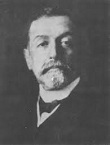

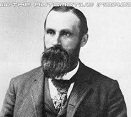




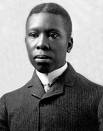
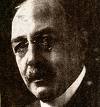



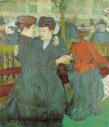





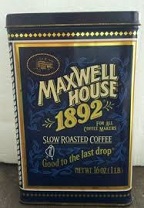











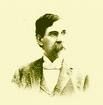

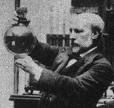



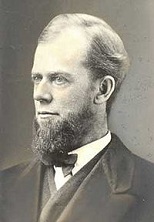

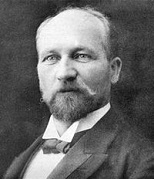







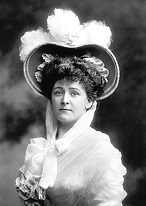




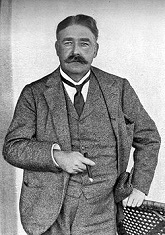





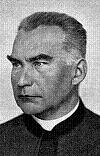
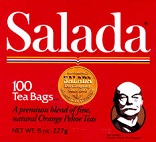


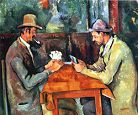

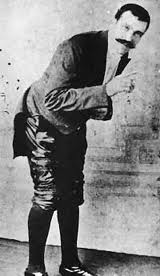





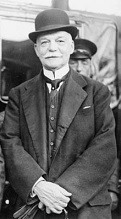




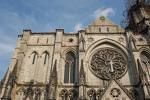
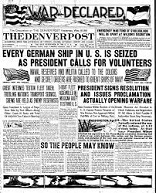

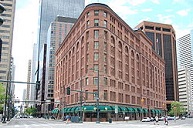
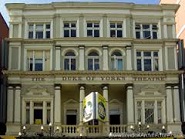
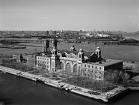
1892 On Jan. 1 after Castle Garden becomes unable to accommodate the flow, Ellis Island in Upper New York Bay about 1 mi. SW of Battery Park opens as the first Federal Immigration station, no longer under the control of New York and its famous corruption, which let "paupers" and other "undesirables" in; instead, the feds begin to close immigration down in their own, more bureaucratic way; between this year and 1924 22M immigrate; the first immigrant this year is 15-y.-o. Annie Moore (1877-1924) (born on Jan. 1) from Ireland; she dies poor in Lower East Side, N.Y. as Annie Moore Schayer. On Jan. 7 Egyptian khedive (since 1879) Sir Tewfik Pasha (b. 1852) dies in Heluan Palace near Cairo, and on Jan. 8 his eldest son Abbas II Helmy (Hilmi) (Hilmy) (1874-1944) becomes the last khedive of Egypt (until Dec. 19, 1914). On Jan. 13 steamship Namehow sinks in the China Sea, killing 414. On Feb. 12 Pres. Abraham Lincoln's birthday is declared a U.S. nat. holiday. On Feb. 29 the U.S. Supreme Court rules unanimously in Church of the Holy Trinity v. the U.S. that foreign Christian ministers are not foreign laborers under the 1885 U.S. Alien Contract Labor Law because the U.S. is a Christian nation, and that makes them exempt, with Justice Brewer writing the soundbytes: "Nor are we bound by any expressions in the Constitution, as some have strangely supposed, either not to punish at all, or to punish indiscriminately the like attacks upon the religion of Mahomet or of the Grand Lama, and for this plain reason, that the case assumes that we are a Christian people, and the morality of the country is deeply engrafted upon Christianity, and not upon the doctrines or worship of those impostors", "These, and many other matters which might be noticed, add a volume of unofficial declarations to the mass of organic utterances that this is a Christian nation", and "It is a familiar rule, that a thing may be within the letter of the statute and yet not within the statute, because not within its spirit, nor within the intention of its makers", introducing the Soft Plain Meaning Rule, in opposition to textualism, which later pisses-off Justice Antonin Scalia, who calls it "nothing but an invitation to judicial lawmaking"; in 1905 Brewer pub. The United States: A Christian Nation, containing the soundbyte: "But in what sense can it be called a Christian nation? Not in the sense that Christianity is the established religion or that people are in any matter compelled to support it. On the contrary, the Constitution specifically provides that "Congress shall make no law respecting an establishment of religion, or prohibiting the free exercise thereof." Neither is it Christian in the sense that all of its citizens are either in fact or name Christian. On the contrary, all religions have free scope within our borders. Numbers of our people profess other religions, and many reject all. Nor is it Christian in the sense that a profession of Christianity is a condition of holding office or otherwise engaging in public service, or essential to recognition either politically or socially. In fact, the government as a legal organization is independent of all religions. Nevertheless, we constantly speak of this republic as a Christian Nation - in fact, as the leading Christian Nation of the world. This popular use of the term certainly has significance. It is not a mere creation of the imagination. It is not a term of derision but has substantial basis - one which justifies its use." On Mar. 15 liberal pres. (since 1873) Justino Rufino Barrios (b. 1835) is killed in Chalchuapa, El Salvador while leading an army against Mexico over the disputed coffee-producing Soconusco (Nahuatl "xoconostle" = prickly pear cactus fruit) region in S Chiapas, and his pint-sized son Jose Maria Reina "Reinita" Barrios (1854-98) becomes pres. of Guatemala (until Feb. 8, 1898), building up Guatemala City to look like Paris, running the printing presses and creating inflation, while caving in to the big landowners and helping them crush the mestizo Indian peasants, ending his father's liberal era - somebody ought to what? On Apr. 15 the General Electric Co. is formed by the merger of the Edison Gen. Electric Co. of Schenectady, N.Y. and the Thomson-Houston Electric Co. of Lynn, Mass., backed by Drexel, Morgan & Co. On Apr. 19 after 160-acre plots are allocated to individual Indians, the Okla. Land Run of 1892 opens 3.5M acres of the Cheyenne-Arapaho Rez. in WC Okla. to mainly white homesteaders, incl. some African-Ams., who claim 400+ lots in the new town of Arapaho, Okla. in Custer County, who mainly become cattle ranchers. In Apr. the Johnson County Cattle War (Powder River War) (Wyoming Range War) (1889-93) in NE Wyo. peaks, seeing large cattle operators recruit 25 Tex. gunmen to form the vigilante Invaders group to assassinate enemies of their free range, causing Sheriff Angus to form a 200-man possee, after which federal troops from Ft. McKinney intervene and rescue the Invaders and put them in jail, but it costs so much to house them that they are all released and disappear. On May 15 Italian finance minister (since 1890) Giovanni Giolitti (1842-1928) becomes PM of Italy (until Dec. 15, 1893), going on to become PM 5x by 1921. On May 28 Dunbar, Scotland-born Am. conservationist ("John of the Mountains") ("the Father of Nat. Parks") John Muir (1838-1914) and a group of professors from UCB and Stanford U. found the Sierra Club in a 14-room mansion in San Francisco, Calif. to protect the Sierra Nevada, with Muir as pres. #1 (until Dec. 24, 1914), going on to get federal protection for the Yosemite Valley and get Glacier Nat. Park and Mount Rainier Nat. Park established. On May 29 Baha'u'llah (Mirza Husayn-'Ali-i-Nuri) (b. 1817) dies, and his eldest son ("the Master") Abdul-Baha (`Abdu'l-Bahá) (1844-1921) ("servant of the glory of God"), living in a Turkish penal colony in Acre, Palestine becomes leader of the Baha'i Faith (until Nov. 28, 1921); he is freed in 1908 - you're unbelievable? On June 7-10 after rejecting James G. Blaine, the 1892 Repub. Nat. Convention in Minneapolis, Minn. grudgingly renominates unpopular Pres. Benjamin Harrison (whose wife Caroline dies in the White House this year after becoming the first First Lady to give a public speech), and nominates Ohio-born New York newspaper publisher and U.S. ambassador (to France and Britain) Whitelaw Reid (1837-1912) for vice-pres. after Levi Parsons Morton pisses-off Harrison for failing to support a bill to enforce voting rights for blacks in the South against a Dem. filibuster, after which he becomes gov. of N.Y. (1895-6); on June 21-23 the 1892 Dem. Nat. Convention in Chicago, Ill. renominates former pres. Grover Cleveland on the first ballot for a record 3rd time (1st time that a former U.S. pres. is renominated by a major party), with former Ill. Rep. Adlai Ewing Stevenson (1835-1914) for vice-pres.; on July 4 the Am. West-based free-silver People's (Populist) Party (founded 1891; dissolved 1908) holds its first nat. convention in Omaha, Neb., and nominates Gen. James Baird Weaver (1833-1912) of Iowa for pres. and James Gaven Field (1826-1902) of Va. for vice-pres., and on July 4 ratifies the Omaha Platform, "a second declaration of independence", attempting to return to placing people above corporate and financial interests, advocating a graduated income tax, secret ballot, direct election of U.S. senators, and an 8-hour workday - return? In June after his relations with Pres. Harrison become strained, U.S. secy. of state (since 1889) James. G. Blaine resigns. In the summer lifelong Austrian bureaucrat Alois Hitler is promoted to Higher Customs Officer at Passau in Germany near the Austrian border, followed in Apr. 1893 by a higher post in Linz, from which he retires on June 25, 1895 to Hafeld village, 30 mi. SW of Linz; little "Adi" (Adolf) is a Muttersohnchen (momma's boy), living with half-brother Alois (7 years older), and half-sister Angela (5 years older); on Mar. 23, 1893 his brother Edmund is born. Good guys, bad attitude, or, Feed Me, Little Shop of Horrors? On July 1 Andrew Carnegie (1835-1919), Scottish philanthropist owner of Carnegie Steel Co. locks out workers at his plant in Homestead, Penn., causing a strike on July 6, which is stunk-up by mean thug Pinkerton guards, followed by militia; the strike is broken by Nov.; the word "fink" is first used to denote a traitorous rat working for the bosses. On July 1 the Sontag Brothers botch a train robbery near St. Peter, Minn, causing Pinkerton detectives to get on their case, and after robbing a train in Collis, Calif., George Sontag (b. 1864) is captured, and his brother John (b. 1861) goes on the run for year until he is killed in a gunfight at the Stone Corral on June 10, 1893; George is pardoned in 1908 and spends the rest of his lecturing on the follies of a life of crime. On July 4 the Second Franco-Dahomean War (ends Jan. 15, 1894) sees king (since 1889) Behanzin of Dahomey (d. 1906) lead his male and Amazon warriors against the Frogs, er, French, led by Col. Alfred-Amedee Dodds (1842-1922) in a last ditch attempt to save his kingdom from takeover, but ends up surrendering in 1894 and getting shipped to Martinique and later Algeria; the French install his distant relative (army chief of staff) Agoli-Agbo as the 12th and last king of Dahomey (until 1900) (first 1620), but he refuses to sign papers handing over the country as a hello-cowgirl-in-the-sand French protectorate for the next six years. On July 4-26 after Lord Salisbury dissolves the English Parliament, the gen. election leaves the Conservatives with the greatest number of seats, but still in a minority against the combined Liberals and Irish Nationalists (Home Rulers), even though the latter are split into pro and anti Parnell factions; on Aug. 11 British PM (since July 25, 1886) Salisbury resigns, and on Aug. 15 William E. Gladstone becomes British PM again (until Mar. 2, 1894) (4th and last time), forming his 4th cabinet, dependent on Irish Nationalist support, which tries in vain to implement the Newcastle Program. On July 10 the first concrete-paved street is built in Bellefontaine, Ohio, former home of Shawnee leader Blue Jacket - from number 10 to number what on the coverup chart? On July 19 Pittsburgh, Penn.-born Yale-educated George Shiras Jr. (1832-1924) is appointed by Pres. Harrison as U.S. Supreme Court justice #53 to fill the vacancy left by Joseph P. Bradley (1870-92), keeping the court at nine members; on July 26 he is sworn-in (until Feb. 23, 1903), going on to support Plessy v. Ferguson (1896), and become the judge who allegedly decides the vote ruling the 1894 U.S. income tax unconstitutional, causing the 16th Amendment to be passed in 1913 to get around it - they're gonna do it shiras shootin'? On July 21 Pres. Harrison issues Proclamation 335 - 400th Anniv. of the Discovery of America by Columbus, containing the soundbyte: "Columbus stood in his age as the pioneer of progress and enlightenment. The system of universal education is in our age the most prominent and salutary feature of the spirit of enlightenment, and it is peculiarly appropriate that the schools be made by the people the center of the day's demonstration. "Let the national flag float over every schoolhouse in the country and the exercises be such as shall impress upon our youth the patriotic duties of American citizenship. In the churches and in the other places of assembly of the people let there be expressions of gratitude to Divine Providence for the devout faith of the discoverer and for the divine care and guidance which has directed our history and so abundantly blessed our people." In Aug. The Denver Post (originally The Evening Post) newspaper is founded by supporters of Grover Cleveland with $50K capital to promote Colo. Dems.; too bad, Cleveland opposes govt. purchase of silver, causing the newspaper to suspend pub. in Aug. 1893, after which in June 1894 it is refounded with $100K by a new group of investors, who boost sales via "flamboyant circus journalism", changing the name to Denver Evening Post on Nov. 3, 1893, and Denver Post on Jan. 1, 1901. In Aug. U.S. Baptist minister's son Francis Julius Bellamy (1855-1931) (a Freemason and Christian Socialist) (cousin of Edward Bellamy) writes the Pledge of Allegiance for the 400th anniv. of Columbus' discovery of White Grab-Bag-Land and to promote the schoolhouse flag movement; it is first pub. on Sept. 8 in The Youth's Companion (circ. 500K); on Oct. 21 (Columbus Day) U.S. schoolchildren recite it for the first time; the original version is "I pledge allegiance to my Flag and to the Republic for which it stands, one nation, indivisible, with liberty and justice for all"; he resists the urge to incl. the French Rev. catchword "equality", saying "No, that would be too fanciful, too many thousands of years off in realization"; too bad, he incl. the "Bellamy salute", requiring the arm to be held straight out towards the flag (later adopted by the Nazis), becoming the first U.S. National Socialism? On Aug. 4 Andrew Jackson Borden and Abby Durfee Gray (Borden) (Sarah A. Morse), the father and stepmother of Lizzie Borden (1860-1927) are killed with an axe in Fall River, Mass., at 92 Second St.; although everybody thinks she did it, she is acquitted by an all-male jury in Bedford, Mass. on June 20, 1893; "Lizzie Borden took an axe/ And gave her mother forty whacks./ When she saw what she had done/ She gave her father forty-one." On Aug. 8 Prince Ito Hirobumi becomes PM #5 of Japan (until Aug. 31, 1896). On Aug. 18 France and Russia take the next step against their mutual fear of Germany and sign a military convention, which takes over a year to ratify in secret, freaking Germany with the threat of being surrounded, causing it to increase ties with Austria-Hungary. On Aug. 27 fire seriously damages New York City's original Metropolitan Opera House. On Sept. 6 after whales in the Arctic are overfished, the Dundee Whaling Expedition (ends 1893) leaves Scotland in four steam-powered whaling ships, but harvest no whales; Scottish oceanographer William Speirs Bruce (1867-1921) takes part, exploring the Antarctic coastline; next Jan. 8 Capt. Thomas Robertson discovers Dundee Island. On Oct. 1 after the Am. Baptist Education Society founded it in 1890 as a coeducational secular institution to replace the first Baptist univ. of the same name that closed in 1886, the U. of Chicago in Ill. opens on land worth $200K donated in 1890 by Chicago dept. store king Marshall Field (1834-1906), who also donates $1M to found the Chicago Nat. History (Field) Museum (Columbian Museum) (changed to Field Museum in 1905), housed in the Chicago World's Fair Fine Arts Bldg. in 1894, with another $4M for a new white marble bldg. in Grant Park plus $4M for maintenance. On Oct. 1 John Philip Sousa (1854-1932) starts his 12-year tour as dir. of the U.S. Marine Band. On Oct. 5 the Dalton Gang is decimated while trying to rob two banks at the same time in Coffeyville, Kan. On Oct. 18 the first long-distance telephone line between Chicago and New York City is formally opened. On Oct. 28 anchor liner Romania sinks off Corsica, killing 113. On Nov. 2 after a 5-year siege on a fortified log cabin in Wauhillau near Tahlequal, Indian Country (Okla.), U.S. marshals surround Cherokee senator Ned Christie (b. 1852), accused of the 1887 killing of U.S. marshal Dan Maples, and dislodge him using dynamite and a cannon, then assassinate him, and take his corpse to Fayetteville, Ark. and Ft. Smith, where it is paraded around and photographed as a souvenir; somebody else later claims to see Bud Trainer do it. On Nov. 8 former Pres. Cleveland beats incumbent Benjamin Harrison by 5.6M popular and 277 electoral votes to 5.2M popular and 145 electoral votes; Weaver gets 1M popular and 22 electoral votes, and his Populist (People's) Party carries five states (Kansas, N.D., Colo., Neb., Idaho), electing five senators, ten reps., and three govs. (Colo., Ky., N.D.), becoming the first third party to poll more than 10% of the vote in a U.S. Pres. Election (1912, 1924, 1968); Cleveland becomes the first (only) pres. to win non-consecutive terms in the White House. On Nov. 15 Scottish-Canadian physician Thomas Neill Cream (b. 1850) allegedly confesses to being Jack the Ripper as he is being hanged for murder in London. On Nov. 24 John Abbott retires, and on Dec. 5 Conservative Sir John Sparrow David Thompson (1845-94) from Nova Scotia (who gave a big speech in 1885 justifying the execution of Metis leader Louis Riel, and wrote Canada's first criminal code) becomes PM #4 of Canada (until Dec. 12, 1894), becoming the first Nova Scotian and first Roman Catholic Canadian PM, preaching loyalty to the British crown, religious tolerance for you know whats, and no annexation by the devil-dog Protestant U.S.; the first Canadian Criminal Code is passed, incl. a statue criminalizing blasphemous libel, pub. of material exposing the Christian religion to ridicule or contempt or shocking the feelings of Christians. In Nov. Norwegian Capt. Carl Anton Larsen (1860-1924) discovers fossils in the Antarctic, becoming the first person to ski in Antarctica next Dec. on the namesake Larsen Ice Shelf, going on to found the Antarctic whaling industry. On Dec. 5 after efforts by Methodist Episcopal Church bishop (chancellor #1) John Fletcher Hurst (1834-1903), the U.S. Congress passes a bill establishing American U. in Washington, D.C., which is signed by Pres. Benjamin Harrison on Feb. 24, 1893, opening for classes on Oct. 6, 1914 with 28 students; in 1949 it merges with the Wash. College of Law (founded in 1896 as the first coed law school in D.C.); it goes on to become known for political activism; alumni incl. Alice Paul, Robert Byrd, Goldie Hawn, David Gregory, Neil Cavuto, Judy Smith, Barry Levinson, and Star Jones. The Reinsurance Treaty is replaced by the Franco-Russian Alliance Military Convention, which is not made public until 1918; it says that if Germany attacks France, Russia will attack Germany, while if Germany attacks Russia, France will attack Germany. Count Sergei Witte (1849-1915) becomes Russian finance minister (until 1903), presiding over the industrialization of Russia, attracting foreign investment and putting Russia on the gold standard in 1897. Indian-born Parsi Dadabhai Naoroji (1825-1917) becomes the first male Asian British MP, elected for Finsbury, London for the Liberal Party (until 1895); as a Zoroastrian he refuses to take his oath on the Bible, substituting the "Khordeh Avesta"; his asst. is Muhammed Ali Jinnah, future founder of Pakistan. Scottish Socialist James Keir Hardie (1856-1915) becomes the first Labour member of the English Parliament. 29-y.-o. well-groomed Conservative Sir Joseph Austen Chamberlain (1861-1937), son of Liberal Birmingham mayor Joseph Chamberlain, and half-brother of Conservative Neville Chamberlain becomes a British MP, and goes on to a 45-year career (until 1937). Ida Wells-Barnett begins an anti-lynching crusade in the Am. NE. A Pan-Slav Conference is held in Cracow, promoting the Pan-Slavist movement, which later gets in a Darwinian duel with Pan-Germanism, leading the latter to declare that their "Aryan race" is the master race and the Slav race is the inferior slave race? - buttons come off, somebody's gotta sew them on? Britain and Germany agree on Cameroons (Cameroon) - throw another shrimp on the barbie, mate? Britain declares a protectorate over the Solomon Islands to secure a labor supply for Queensland. Britain declares a protectorate over the Gilbert and Ellice Islands (annexed in 1915), with Sir Sir Arthur Francis Grimble (1888-1956) as gov., who learns Gilbertese and begins producing writings introducing them to the West - Funafuti? Jose Rizal (1861-96) returns from exile in Spain to the Philippines and founds the liberal La Liga Filipina (Philippine League), causing the govt. to banish him to Mindanao; meanwhile working class revolutionary Andres Bonifacio (1863-97) organizes the Katipunan secret rev. society. Emperor Menelik II founds Addis Ababa (New Flower) as the capital of Ethiopia. Ottoman Sultan Abul (Abd-el) Hamid II exiles Jewish immigrants to Palestine - they got lucky? The seat of govt. of French Somaliland is transferred from Obock to Djibouti on the trade route to Ethiopia, but the pokey French take u ntil WWI to complete a railway to Addis Ababa. Rochester, Kent, England-born Sir Martin Conway (1856-1937) claims to become the first to scale 23K-ft. Himalayan peaks; later measurements prove he only reched 22,322 ft. (6,804m); in 1896-7 he explores the interior of Spitsberger, and in 1898 he explores and surveys the Bolivian Andes, scaling Mt. Ancohuma (Sorata) (2,1086 ft./6,427m), stopping 50 ft. short of the summit of Mt. Aconcagua (22,831 ft./6,959m), then exploring Tierra del Fueto and failing to scale Mt. Sarmiento. Robert Peary of the U.S. explores Greenland and proves it to be an island. The Capetown-Johannesburg Railroad is completed. The German railway from the Bosphorus to Angora (Ankara) (begun 1888) is completed. San Francisco, Calif. begins operating electric streetcars, which are half as expensive to build and one-six as expensive to operate as cable cars; next July 2 the first double-decker streetcar in the U.S. begins operation there. After Pope Pius IX proclaimed the dogma of the Immaculate Conception of the Virgin Mary on Dec. 8, 1854, Maria Cristina of Austria (Maria Christina Désirée Henriette Felicitas Rainiera von Habsburg-Lothringen, und Österreich), Queen Regent of Spain proclaims Mary of the Immaculate Conception patroness of the entire Spanish infantry. U.S. cable railway trackage peaks next year at 305 mi., after which every town except San Fran abandons cable cars. 1.1M-acre Pike Nat. Forest near Colorado Springs, Colo. is established, named after explorer Zebulon Pike, incl. Pikes Peak and the Garden of the Gods, filled with pink-orange Pikes Peak granite; rivers draining the forest incl. the South Platte River and Fountain Creek; Rampart Reservoir is located within the forest. Jose Marti begins pub. a journal in the U.S. for Cuban independence. The Am. Type Founders' Co. is founded to amalgamate most of the large U.S. type foundries. Granville Stanley Hall (1844-1924) becomes pres. #1 of the new Am. Psychological Assoc. (APA), founded at Clark U. in Worcester, Mass. in July by 26 men with a $500 contribution by Robert Pearsall Smith of the Am. Society for Psychical Research, becoming the largest prof. org. of psychologists in the U.S. and Canada, with 137K members by 2012. The Am. Jewish Historical Society is founded, becoming the oldest Ethnic History society to survive to modern times; it is followed by the Jewish Historical Society of England (1893), Polish Am. Historical Assoc. (1942), Italian Historical Society of America (1949), Society for Italian Historical Studies (1956), Am. Conference for Irish Studies (1960), Immigration and Ethnic History Society (originally Immigration History Group and Immigration History Society) (1965), and Am. Italian Historical Assoc. (1966). Polish-born Madame Helena Modjeska (1840-1909) and Mass.-born Otis Skinner (1858-1942) become a big star duo on Broadway. The Portland Art Museum in Oregon is founded to focus on NW Native Am. arts. Konigsberg, Germany-born explorer Erich Dagobert von Drygalski (1865-1949) explores West Greenland (until 1893). Sir Wilfred Thomason Grenfell (1865-1940) becomes a medical missionary among the fishermen and Eskimos in Labrador, raising funds via lectures in the U.S., Canada, and England, and forming the Internat. Grenfell Assoc. in 1912-4 along with the King George V Seaman's Inst. at St. John's, Newfoundland in 1912; he is knighted in 1927. Italian medium Eusepia Palladino (1854-1918) begins giving seances in Milan, causing a sensation and convincing Cesare Lombroso et al.; too bad, she is later exposed as a fraud and trickster. Am. Baptist minister Walter Rauschenbusch (1861-1918) et al. form the nondenominational Brotherhood of the Kingdom to promote the Social Gospel Movement, dropping literal belief in the Bible but using it as an inspiration for creating the "Kingdom of God on Earth", pushing the idea that progress is all positive until he hits the iceberg of WWI? Tim the Railway Dog (-1902), a small mongrel dog begins begging for coins in London's Paddington Station for the widows' and orphans' fund of a British railroad; when he dies his body is put in a glass case with a coin slot so he can continue his work. The Abercrombie & Fitch Co. is founded to market sporting goods by David T. Abercrombie (1867-1931) and Ezra H. Fitch (1866-1930). The Maxwell House Hotel in Nashville, Tenn. begins serving the special Maxwell House brand coffee blend invented by wholesale grocer Joel Owsley Cheek (1852-1935); Pres. Theodore Roosevelt later (Oct. 21, 1907) allegedly declares it "good to the last drop", which becomes the slogan; it goes on to capture one-third of the U.S. coffee market, and become the #1 seller in the U.S. until the late 1980s; in 1928 it is acquired by the Postum Co. (later called Gen. Foods). The cotton boll weevil (beetle) (Anthonomus grandis) is discovered near Brownsville, Tex. after it crossed the Rio Grande River from Mexico, reaching SE Ala. by 1909 going 40-160 mi./year, penetrating all cotton-growing regions of the U.S. by the mid-1920s, adding to the devastation of the Depression; in 1949 it reaches Venezuela, followed in 1950 by Colombia, Brazil in 1983, and Paraguay and Argentina in the 1990s; in 1978 the U.S. Boll Weevil Eradication Program is launched. Russian bass Feodor Chaliapin (1873-1938) debuts in Tbilisi, going on to appear at the Bolshoi Theater in Moscow in 1899, becoming the #1 Russian bass, then appearing in the West in 1901 at La Scala, followed by the Metropolitan Opera in 1907; too bad the 1917 Russian Rev. causes him to flee to Finland then Paris for life; he becomes known for his great Boris Godunov and Don Quixote. Antonin Dvorak becomes dir. of the New York City Nat. Conservatory of Music of Am. (until 1895). French flatulist (prof. farter) Le Petomane (Pétomane) (Joseph Pujol) (1857-145) begins performing at the Moulin Rouge in Paris, setting up his own travelling show in 1894 called the Theatre Pompadour, then retiring at the outbreak of WWI and opening a biscuit factory in Toulon. The U.S. Mint begins producing the Liberty Head Silver Half Dollar (until 1916), designed by Charles Edward Barber (1840-1917), who succeeded his father William Barber as chief engraver #6 in 1879; the same design is used on the dime and quarter, becoming the last time coins of different denominations share the same design; meanwhile the U.S. Columbian Exposition Quarter features Queen Isabella I (1451-1504). English caricaturist Phil May (1864-1903) of St. Stephen's Review becomes famous for his wit and economy of line, going on to join the staff of Punch in 1896. Emile Berliner (1851-1929) founds the U.S. Gramophone Co. in Washington, D.C., selling 7-in. disc records starting in Nov. 1894; in 1897 the U.K. Gramophone Co. is founded in London by William Barry Owen and Trevor Williams to partner with Emile Berliner's co., followed by a German branch in 1898. Salada brand tea is founded in Montreal, Canada by Peter Charles Larkin (1855-1930) to sell tea packaged in foil, replacing tea chests, becoming popular and founding a new HQ in 1917 in Boston, Mass., known for large bronze doors depicting the history of the Ceylon tea trade designed by Henry Wilson; in 1969 it is acquired by Kellogg, who sells it in 1988 to Redco Foods. Rutenber Manufacturing Co. is founded in Chicago, Ill. by Edwin A. Rutenber (1876-1962) to manufacture internal-combustion engines for vehicles, starting with a 1-cylinder engine; in 1898 they produce the first 4-cylinder engine in the U.S.; in June 1902 they change their name to Western Motor Co. and relocate to Logansport, Ind.; Rutenber sells out in 1912, and it is renamed Rutenber Motor Co. U.S. Rubber Co. markets the first rubber-soled shoes in the U.S., which become popular, causing Spalding Sports Co. to begin marketing basketball shoes in 1907. Sports: On Jan. 8-Mar. 7 the 1892 Amateur Hockey Assoc. of Canada (AHAC) Season sees the Ottawa Hockey Club defeat the Montreal Hockey Club 4-3 on Jan. 8 then lose it 1-0 to them on Mar. 7. On Mar. 11 the first public game of Basketball is played in the Springfield, Mass. YMCA in front of a crowd of 200; the student team defeats the faculty team 5-1; Amos Alonzo Stagg (1862-1965) scores the only faculty basket, then later this year becomes head football coach at the U. of Chicago (until 1932). John Joseph "Dirty Jack" Doyle (1869-1958) becomes the first player in ML baseball to be used as a pinch hitter. In July the "Most Shameful Home Run of All Time" is scored when Cap Anson of the Chicago White Stockings hits a fly ball to center in the 8th inning against the Philadelphia Quakers, and it lodges in the doghouse, used to store numbers for the manual scoreboard, and Ed Delahanty gets stuck trying to get the ball until freed by Sam Thompson, allowing Anson to score an "inside-the-doghouse homer". On Sept. 7 in New Orleans, La. the First Heavyweight Title Boxing Match fought with gloves under the I-think-you're-crazy-just-like-me Marquess of Queensbury Rules ends when 26-y.-o. 178-lb. James John "Gentleman Jim" Corbett (1866-1933) ("Father of Modern Boxing") knocks out 33-y.-o. 212-lb. "Boston Strongboy" John Lawrence Sullivan (1858-1918) in the 21st round (Sullivan's only prof. KO) to win the first world heavyweight boxing title (until 1897); the referee is Prof. John Duffy; months earlier, Sullivan was knocked out by a fluke punch from Mrs. Hessie Donahue, wife of boxing school owner Charles Converse of Worcester, Mass.? On Sept. 28 the world's first Night Am.-Rules Football Game is played in Mansfield, Penn. by teams from Mansfield State Normal School (later Mansfield U.) and Wyoming Seminary of Kingston, Penn., using the newfangled electric lights, but they are so dim that it ends after 20 min. and 10 plays at halftime with a 0-0 tie after several players run into a light pole; there are no names or numbers on uniforms, and the ball is larger and rounder than modern-day footballs, resembling a basketball with laces. On Nov. 19 Harvard U. plays football against Yale U. in Springfield, Mass., introducing the Flying Wedge at the start of the 2nd half in place of the usual Princeton V (V Trick). In winter Lithuanian-born Senda Berenson Abbott (1868-1954) of Smith College invents Women's Basketball, with modified rules to keep women from "nervous fatigue", with players assigned zones to minimize movement, and a smaller basketball; on Mar. 22, 1893 the first women's basketball game is played at Smith College; men are not allowed to watch; in 1896 the first intercollegiate women's basketball game is played by Stanford U. and UCB; in 1976 women's basketball becomes an official sport of the Olympic Games. The U. of Md. Terrapins Football Team plays its first season, becoming a rival of the Naval Academy team. Architecture: On Sept. 10 the Duke of York's Theatre (originally the Trafalgar Square Theatre until 1895) in St. Martin's Lane in Westminster, West End, London (cap. 900), designed by Walter Emden for Frank Wyatt and Violete Melnotte opens with "Wedding Eve", going on to debut J.M. Barrie's "Peter Pan" on Dec. 27, 1904. Pont Alexandre III Bridge over the Seine River in Paris, named for Russian tsar Alexander III is completed, pissing-off the Germans, who see it as a slap in the face after the Franco-Russian alliance that puts two enemy armies on its W-E borders. The sandstone and red granite atrium-style Brown Palace Hotel at 17th St. and Tremont Place in the Capitol Hill area of Denver, Colo. is built, designed by architect Frank E. "F.E." Edbrooke (1840-1921) and named after owner Henry C. Brown, becoming one of the first fireproof bldgs. in the U.S., becoming Denver's tallest bldg. (until ); in 1959 22-story 231-room Brown Palace West is built directly across Tremont Pl.; famous guests incl. Molly Brown (1 week after the RMS Titanic disaster), Denver crime boss Jefferson "Soapy" Smith, Chinese pres. Dr. Sun Yat Sen, Queen Marie of Romania, U.S. presidents Theodore Roosevelt, William Taft, Warren G. Harding, Harry S. Truman, Dwight D. Eisenhower, and Bill Clinton, and The Beatles. On Dec. 27 Protestant Episcopal bishop of the Diocese of New York #7 Henry Codman Potter (1834-1908), defender of the saloon as the "poor man's club" starts building the Cathedral of St. John the Divine at 112th St. and Amerstdam Ave. in New York City; it is planned to be the world's largest cathedral, 601 ft. long, 146 ft. at the nave, 320 ft. at the transept; the east end is in Romanesque-Byzantine style, the nave and west end in Gothic style; they are still working on it a cent. later. The Corn Palace (made of maize) is built in Mitchell, S.D., and each year its exterior is redesigned with murals made out of corn, grass, wild oats, brome and blue grass et al. to wow tourists - load the buggy, Mabel, and let's giddyap? The 22-story 302-ft.-high Masonic Temple Bldg. in Chicago, Ill. (begun in 1891) (demolished in 1939), designed by Daniel Hudson Burnham (1846-1912) and his partner John Wellborn Root (1850-91) is completed, becoming the first major skeleton skyscraper, and world's tallest bldg. - Masons do it in the sky? Belgian architect Victor Horta (1861-1947) designs the Hotel Tassel in Brussels for Belgian scientist Edmond Tassel, becoming the first Art Noveau bldg., known for its "whiplash" style. The marble Washington Square Arch in Greenwich Village, Manhattan, N.Y. is built to celebrate the centennial of the 1879 inauguration of Pres. George Washington; it forms the grand southern terminus of Fifth Ave. Inventions: Henry Drushel Perky (1843-1906) invents shredded wheat (small pillow-shaped wheat biscuits) in Denver, Colo. to help his stomach troubles; with friend William Ford of Watertown, N.Y. he develops a machine to produce it, and peddles it from a horse-drawn wagon while trying to sell the machines, until Battle Creek Sanitarium (Seventh-day Adventist) physician John Harvey Kellogg (1853-1943) convinces him to move back east and open up a factory in Niagara Falls, N.Y. along with his brother Will Keith Kellogg, which proves quite lucrative; the Kelloggs then invent wheat flakes and corn flakes - and now we have Cap'n Crunch Crusted Chicken and Crab Cakes? In 1892 Robert Smith of Dresden, Germany patents the wood pulp beer coaster, named after a wagon-like device used by bartenders to ferry beverages to customers; the coasters evolve into ad billboards. Liederkranz Cheese (a mild Limburger variant) is invented by Emil Frey, and named after the San Antonio Liederkranz German Roman Catholic immigrant choir, who like it. Pineapple is first canned by Dole Co. - deep philosophical comment here? James Dewar (1843-1923) of Scotland patents the thermos, getting knighted in 1904. Ill.-born Charles Edgar Duryea (1861-1938) of the U.S. invents the Spray Carburetor. Rudolf (the Red-Nosed?) Diesel (1858-1913) of Munich, Germany patents an internal combustion engine using low-cost fuel (peanut oil), and goes on to perfect the first commercial Diesel Engine at the Krupp factory in Essen. The first successful gasoline-powered farm tractor is developed by John Froelich (1849-1933) in Iowa; it has a 16 hp motor and can go in reverse; John Deer & Co. purchases the patent in 1918 for a song, and Froelich dies broke. Am. inventor Frederick Eugene Ives (1856-1937) patents a 3-color camera, followed by the photochromoscope in 1894. French chemist Ferdinand Frederick Henri Moissan (1852-1907) invents the electric arc furnace, and uses its 3.5K C temp to produce tiny artificial diamonds along with new carbide, silicide, and boride compounds, winning the 1906 Nobel Chem. Prize. Irish-born Baltimore, Md. Quaker William Painter (1838-1906) invents the crown bottle cap, and patents it on Feb. 2, 1892 (#468,226, 468,258), forming the Crown Cork and Seal Co. in Baltimore, Md. and becoming a millionaire; not until the 1960s does the twist-off cap offer any serious competition. Joshua Pusey invents the first book matches - pusey jokes here? Jesse Reno of the U.S. patents the first inclined elevator (moving stairs) on Mar. 15, and in 1895 he sets up a 25 deg. angle escalator ride at Coney Island. The first automatic telephone switchboard goes into operation. Science: On Nov. 6 Holmes Comet (period 6.9 years) is discovered by amateur British astronomer Edwin Holmes (1842-1919); it returns in 2007. Henry Luke Bolley (1865-1956) of N.D. Agricultural College becomes the first to use formaldehyde against grain smuts, later proving that stem rust breeds on the common barberry, not wheat, getting a pure seed law passed in N.D. in 1908. Czech Jewish psychiatrist Arnold Pick (1851-1924) first describes Frontotemporal Dementia (FTD), resulting from Pick's Disease, characterized by a build-up of tau proteins in neurons. Nonfiction: James Theodore Bent (1852-97), Ruined Cities of Mashonaland; claims that Great Zimbabwe is the remains of ancient Ophir, where King's Solomon's mines were located; disputed by David Randall-MacIver in 1905, and disproved in 1929 by Gertrude Caton-Thompson, who dates it to the 14th-15th cents. C.E. Alphonse Bertillon (1853-1914), De la Reconstitution du Signalement Anthropometrique au Moyen des Vetements Augustine Birrell (1850-1933), Res Judicatae. Charles Augustus Briggs (1841-1913), The Bible, the Church and Reason. Daniel Garrison Brinton (1837-99), The American Race. Oscar Browning (1837-1923), The Flight to Varennes. Timothy Cole (1852-1931), Old Italian Masters; reproductions of paintings using his own engraving technique on a trip to Europe in 1883. Moncure D. Conway (1832-1907), The Life of Thomas Paine: With a History of His Literary, Political and Religious Career in America, France and England (2 vols.). Emile Faguet, Politiques et Moralistes du Dix-neuvieme Siecle. Camille Flammarion (1842-1925), Le Planete Mars et ses Conditions D'Habtabilite. F.B. Gummere, Germanic Origins. William James (1842-1910), Psychology, Briefer Course; "The one who thinks over his experiences most, and weaves them into systematic relations with each other will be the one with the best memory." Alfred Thayer Mahan (1840-1914), The Influence of Sea Power Upon the French Revolution and Empire, 1793-1812. Andrew Cunningham McLaughlin (1861-1947), Elements of Civil Government of the State of Michigan. Sir Alfred Milner (1854-1925), England in Egypt. Max Mueller (1823-1900), Anthropological Religion (Gifford Lecture). Alexander Stuart Murray (1841-1904), Handbook of Greek Archaeology. Max Nordau (1849-1923), Entartung (Degeneracy); portrays modern art as the work of born criminals with atavistic personality traits, esp. loss of self-control; becomes a Nazi textbook after adding the buzzwords "Jewish Bolshevik", even though guess who is Jewish. Sir William Osler (1849-1919), The Principles and Practice of Medicine; written while at Johns Hopkins U., where he organized a model teaching clinic; becomes the #1 medical textbook until the 1930s; in 1897 it turns on John D. Rockefeller, causing him to found the Rockefeller Inst. for Medical Research in June 1901, which later becomes Rockefeller U.; in 1903 Osler leaves to fill the regius chair of medicine at Oxford U. Justinas Bonaventure Pranaitis (1861-1917), The Talmud Unmasked; Lithuanian Roman Catholic priest uses direct quotes to show that Jews regard non-Jews as cattle that can be robbed and murdered, and blasphemes Christ; he is later defrocked and discredited as an amateur in court. Agnes Repplier (1855-1950), Essays in Miniature. Jacob August Riis (1849-1914), The Children of the Poor. George John Romanes (1848-94), Darwin and after Darwin. William Sharp (1855-1905), Life of Joseph Severn. John Gilmary Shea (1824-92), The Defenders of Our Faith. Masaoka Shiki (1867-1902), Talks on Haiku from the Otter's Den; coins the term "haiku" for the 17-syllable Japanese poetry art form, which used to be called hokku, which he revives. Alfred Percy Sinnett (1840-1921), The Rationale of Mesmerism. William Graham Sumner (1840-1910), Robert Morris. Paul Vinogradoff (1854-1925), Villainage in England; how the Anglo-Saxon settlements were usually free communities not manors, and the villein of Norman times is a direct descendant. Ellen Gould White (1827-1925), Steps to Christ - a mighty white Christ? Knut Wicksell (1851-1926), Value, Capital and Rent. Music: Isaac Albeniz (1860-1909), Chants d'Espagne, Op. 232 (1892-7); incl. Asturias (Leyenda) (Barcelona). Sir Granville Bantock (1868-1940), Caedmar, A Romantic Opera (July 12); libretto by Frederick Corder. Anton Bruckner (1824-96), Symphony No. 8 in C minor (Vienna) (last symphony). Lottie Collins (1865-1910), Ta-ra-ra Boom-de-ay; big London music hall hit. Harry Dacre (Frank Dean) (1857-1922), Daisy Bell (Bicycle Built for Two); inspired by Edward VII's mistress Frances Evelyn "Daisy" Greville, Countess of Warwick (1861-1938); chorus: "Daisy, Daisy/ Give me your answer, do/ I'm half crazy/ all for the love of you"; ending: "A bicycle built for two"; becomes the first song sung via computer speech synthesis in the 1968 film "2001: A Space Odyssey". Zdenek Fibich (1850-1900), Komensky Festival Overture; Symphony No. 1. William Schwenck Gilbert (1836-1911) and Alfred Cellier (1844-91), The Mountebanks (comic opera). Paul Dukas (1865-1935), Polyeucte (overture). Ruggero Leoncavallo (1857-1919), (I) Pagliacci (The Clowns) (opera) (May 21) (Teatro Dal Verme, Milan); conducted by Arturo Toscanini; stars Adelina Stehle as Nedda, Fiorello Giraud as Canio, Victor Maurel as Tonio, and Mario Ancona as Silvio; incl. Vesti la Giubba, No, Pagliacco Non Son; beginning next year it is performed as the Cav/Pag double bill with Pietro Mascagni's 1890 "Cavalleria Rusticana". Jules Massenet (1842-1912), Werther (opera) (Imperial Theare Hofoper, Vienna) (Feb. 16); libretto by Edouard Blau, Paul Milliet, and Georges Hartman based on Goethe's 1774 novel "The Sorrows of Young Werther"; his 2nd biggest hit; incl. Pourquoi me Reveiller, o Souffle du Printemps? Sir Hubert Parry (1848-1918), Job (oratorio). Sergei Rachmaninoff (1873-1943), Prelude in C-sharp minor (Oct. 8) (Moscow) - the coolest classical piano piece of all time, and he's only 19? Nikolai Rimsky-Korsakov (1844-1908), Mlada (opera) (Nov. 1) (St. Petersburg). George John Romanes (1848-94), Darwin, and After Darwin (3 vols.) (1892-7). Jean Sibelius (1865-1957), En Saga (symphonic poem). Peter Tchaikovsky (1840-93), The Nutcracker (ballet) (Dec. 18) (Mariinsky Theatre, St. Petersburg); based on E.T.A. Hoffmann's "The Nutcracker and the Mouse"; libretto by Marius Petipa; Clara gets a you know what for Xmas; features the Celesta (pr. chel-ES-ta) (small metal bars struck by felt hammers with piano-like keyboard), which is used in "The Dance of the Sugar Plum Fairy"; a flop, causing Tchaikovsky to extract a 20-min. Nutcracker Suite that becomes a success; incl. Overture, Dance of the Sugar Plum Fairy, Trepak Dance, Dance of the Toy Flutes, Waltz of the Snowflakes; too bad, the complete ballet remains a flop until the San Francesco Ballet stages it on Xmas Eve, 1944, and the New York City Ballet performs George Balanchine's staging in 1954, becoming a Christmas standard. Art: Joseph E. Baker (1837-1914), The Salem Witch Trials. Paul Cezanne (1839-1906), The Card Players. Luis Falero (1851-96), An Allegory of Art. Jean-Louis Forain (1852-1931), La Comedie Parisienne (caricatures). Paul Gaugin (1848-1903), When Will You Marry?; sells for $300M in Feb. 2015. Nikolaos Gysis (1842-1901), Historia. Edwin Frederick Holt, A Farmyard Scene. Jule Joseph Lefebvre (1836-1911), A Daughter of Eve. Claude Monet (1840-1926), Rouen Cathedral Series (1892-5). Auguste Rodin (1840-1917), Orpheus (sculpture); Balzac (1892-7) (sculpture). Giovanni Segantini (1858-92), In the Sheep Fold; Ploughing in the Engadine. Alfred Sisley (1830-99), View of the Village of Moret-sur-Loing. Marie Spartali Stillman (1844-1927), St. George; How the Virgin Mary Came to Brother Conrad of Offida and Laid Her Son in His Arms. Abbott Handerson Thayer (1849-1921), A Virgin (1892-3); modernized Winged Victory of Samothrace. Henri de Toulouse-Lautrec (1864-1901), At the Moulin Rouge; At the Moulin de la Galette; The Kiss. Edouard Vuillard (1868-1940), Woman Sweeping; Self-Portrait. Plays: Eugene Brieux (1858-1932), BlanchetteMonsieur de Reboval. Sir Francis Burnand (1836-1917), The Saucy Sally. Johan Bojer (1872-1959), A Mother (first play); wins him a scholarship to continue his ed. F. Osmond Carr (1858-1916), Adrian Ross (1859-1933), and James T. Tanner (1858-1915) debut their musical comedy In Town (musical comedy) (Prince of Wales Theatre, West End, London) (Oct. 15) (Gaiety Theatre, West End, London) (Dec. 26) (292 perf.) (Knickerbocker Theatre, New York) (Sept. 6, 1897) (40 perf.); the first Edwardian musical comedy, launching a new era of modern-dress musical shows, boosting London couturiers, ending with "The Maid of the Mountains" (1917); stars Arthur Roberts, Edmund Payne, Florence St. John, Topsy Sinden, Eric Lewis, and Edmund Payne as Shrimp the Call Boy; produced by George Joseph Edwardes (1855-1915), who teams with writer-dir. James Tolman Tanner (1858-1915); features the song The Man About Town. Francois de Curel (1854-1928), L'Envers d'une Sainte. Benito Perez Galdos (1843-1920), Realidad. Gerhart Hauptmann (1862-1946), The Weavers (Die Weber); his greatest play?; ditches individual for social group conflict, using Silesian weavers as the heroes in the five tableaux. William Ernest Henley (1849-1903) and Robert Louis Stevenson (1850-94), Decon Brodie; Beau Austin; Admiral Guinea. Hugo von Hofmannsthal (1874-1929), Gestern (verse drama). Bronson Crocker Howard (1842-1908), Aristocracy; satire on Am. Anglomania. Henrik Ibsen (1828-1906), The Master Builder; Ibsen enters his "fancy" period; Halvard Solness is going strong until he meets a young bimbo? Maurice Maeterlinck (1862-1949), Palleas et Melisande (Palléas et Mélisande) (May 17) (Paris, Bouffes-Parisiens); Symbolist play about a doomed love triangle; panned by critics, but a hit with Octave Mirabeau and the public; made into an opera in 1902 by Claude Debussy, and a symphonic poem in 1902-3 by Arnold Schoenberg; inspires Jean Sibelius' "At the Castle Gate" (1905), which becomes the theme music of the BBC-TV show "The Sky at Night". Jean Richepin (1849-1926), Par le Glaive. Brandon Thomas, Charley's Aunt; a female impersonator. Oscar Wilde (1854-1900), Lady Windermere's Fan; it was left in Lord Darlington's residence?; written as a vehicle for Jersey Lily Langtry; "We are all in the gutter, but some of us are looking at the stars." (Lord Darlington) William Butler Yeats (1865-1939), The Countess Cathleen (verse drama). Poetry: Sir Edwin Arnold (1832-1904), Tiphar's Wife. Wilfrid Scawen Blunt (1840-1922), Esther. Richard Dehmel (1863-1920), Erlosungen (Erlösungen) (debut). Henry Austin Dobson (1840-1921), Eighteenth Century Vignettes. Eugene Field (1850-95), Echoes from the Sabine Farm. Iwan Gilkin (1858-1924), Les Tenebres; frontispiece by Odilon Redon. Verner von Heidenstam (1859-1940), Hans Alienus; the search for beauty in space and time. William Ernest Henley (1849-1903), The Song of the Sword. Rudyard Kipling (1865-1936), Barrack-Room Ballads, incl. Gunga Din, Mandalay ("By the old Moulmein Pagoda, lookin' eastward to the sea,/ There's a Burma girl a-settin', and I know she thinks o' me; For the wind is in the palm-trees, and the temple-bells they say:/ "Come you back, you British soldier; come you back to Mandalay!" Come you back to Mandalay,/ Where the old Flotilla lay:/ Can't you 'ear their paddles chunkin' from Rangoon to Mandalay?/ On the road to Mandalay,/ Where the flyin'-fishes play,/ An' the dawn comes up like thunder outer China 'crost the Bay!"), Tommy, Danny Deever, and Fuzzy-Wuzzy, about the Hamitic Fuzzy-Wuzzy (Hadendoa) tribe in E Sudan. William Larminie, Fand and Other Poems. W.E.H. Lecky (1838-1903), Poems. Jean Moreas (1856-1910), Le Pelerin (Pèlerin) Passione (Passioné); Ecole Romane. Banjo Paterson (1864-1941), In Defense of the Bush (July 23); The Man from Ironbark (De. 17). Christina Georgina Rossetti (1830-94), Poems (rev. ed.). Arthur Symons (1865-1945), Silhouettes. Katharine Tynan (1861-1931), Ballads and Lyrics. William Butler Yeats (1865-1939), The Lake Isle of Innisfree; writes it after hearing water trickling in a fountain in London, reawakening his "ambition formed in Sligo in my teens, of living in imitation of Thoreau on Innisfree"; "I will arise and go now, and go to Innisfree,/ And a small cabin build there, of clay and wattles made;/ Nine bean rows will I have there, a hive for the honey bee,/ And live alone in the bee-loud glade"; makes him return to Dublin in 1896. Novels: Walter Besant (1836-1901), Verbena, Camellia, Stephanotis, etc.. Mary Elizabeth Braddon (1837-1915), The Venetians. Theodor Fontane (1819-98), Frau J(nny Treibel. Arne Garborg (1851-1924), Fred (Peace). Hamlin Garland (1860-1940), A Spoil of Office. George Gissing (1857-1903), Born in Exile. H. Rider Haggard (1856-1925), Nada the Lily. Knut Hamsun (1859-1952), Mysteries. Thomas Hardy (1840-1928), Tess of the d'Urbervilles: A Pure Woman Faithfully Presented; originally serialized in The Graphic; his masterpiece? "What a mommet [scarecrow] of a maid"; causes a public outcry over its infidelity and obscenity. Frances Ellen Watkins Harper (1825-1911), Iola Leroy, or Shadows Uplifted; 2nd novel by a black woman pub. in the U.S. Joel Chandler Harris (1848-1908), Uncle Remus and His Friends. Herman Heijermans (1864-1924), Trinette. Margaret Wolfe Hungerford (1855-97), The O'Connors of Ballinahinch; Nor Wife Nor Maid; A Conquering Heroine; Lady Patty; Nora Creina. Hans Ernst Kinck (1865-1926), Huldren. Rudyard Kipling (1865-1936), In the Rukh; the first story about Mowgli as an adult. Andrew Lang (1844-1912), The Green Fairy Book. Emily Lawless (1845-1913), Grania. Nikolai Leskov (1831-95), Vale of Tears (Judol). Pierre Loti (1850-1923), Fantome d'Orient. W.H. Mallock, A Human Document; in 1966 Tom Phillips randomly selects it as the basis for A Humument: A Treated Victorian Novel, painting and drawing over the text, revealing new text strings linked by white lines; "a bag lady his muse/And sex with a capital f his search/he himself rated success in flesh to include dogs, rain, rope, and also a certain condition of Asiatic elation”. George Meredith (1828-1909), Jump to Glory Jane; illustrated by Laurence Housman (1865-1959). Sir Henry Newbolt (1862-1938), Taken From the Enemy (first novel). Margaret Oliphant (1828-97), The Marriage of Elinor. Thomas Nelson Page (1853-1922), The Old South. Sir Gilbert Parker (1862-1932), Pierre and His People (first novel). Jean Richepin (1849-1926), La Miseloque. Edgar Saltus (1855-1921), Imperial Purple; ancient Rome. William Sharp (1855-1905), A Fellowe and His Wife; Pagan Review. Francis Hopkinson Smith (1838-1915), A Day at La Guerr's and Other Days. Italo Svevo (1861-1928), Una Vita (A Life). Konstantin Tsiolkovsky (1857-1935), The Moon; sci-fi story pub. in a Moscow mag. Mark Twain (1835-1910), The American Claimant. Mary Humphry Ward (1851-1920), The History of David Grieve. Israel Zangwill (1864-1926), Children of the Ghetto: A Study of a Peculiar People; his first serious work, about London Jews. Emile Zola (1840-1902), La Debacle; Les Rougon-Macquart series (#19 of 20). Births: Philippine pres. #5 (1946-8) Manuel Acuna (Acuña) Roxas (d. 1948) on Jan. 1 in Capiz; educated at the U. of Manila. English "Hobbit", "Lord of the Rings" novelist-scholar-linguist (Oxford prof.) (Roman Catholic) John Ronald Reuel Tolkien (d. 1973) (pr. TOLL-keen) (from German "tollkuhn" = dull-keen = foolhardy) on Jan. 3 in Bloemfontein, Orange Free State, South Africa; of Saxon descent; English bank mgr. father; brother of Hilary Arthur Reuel (1894-); bitten by a large baboon spider as a child; educated at Exeter College, Oxford U.; father of Christopher Reuel Tolkien (1924-); grandfather of Simon Mario Reuel Tolkien (1959-); friend of C.S. Lewis (1898-693); hates cars, preferring to ride a bicycle. Am. "Jefferson and His Time" historian Dumas Malone (d. 1986) on Jan. 10 in Coldwater, Miss.; educated at Emory U., and Yale U. Soviet Ukrainian gen. Mikhail Petrovich Kirponos (d. 1941) on Jan. 12 in Vertiyivka, Chernigov. German anti-Nazi Lutheran leader Friedrich Gustav Emil Martin Niemoller (Niemöller) (d. 1984) on Jan. 14 in Lippstadt. Am. "Laurel and Hardy", "Our Gang", "Topper", "One Million B.C." film-TV producer Harold Eugene "Hal" Roach Sr. (d. 1992) on Jan. 14 in Elmira, N.Y.; father of Hal Roach Jr. (1918-72); not to be confused with comedian Hal Roach (1927-). Am. 5'9" amateur athlete (first Am. ice hockey star) Hobart Armory Hare "Hobey" Baker (d. 1918) on Jan. 15 in Bala Cynwyd, Penn.; educated at Princeton U. Am. "The Four Horsemen of the Apocalypse" dir.-producer-writer ("World's Greatest Director" - Erich von Stroheim) Rex Ingram (Reginald Ingram Montgomery Hitchcock) (d. 1950) on Jan. 15 in Dublin, Ireland; emigrates to the U.S. in 1911; educated at Yale U.; husband (1917-) of Doris Pawn (1894-1988) and (1921-50) Alice Terry (1899-1987). Am. dir.-actor William Washington "One Shot" Beaudine (d. 1970) on Jan. 15 in New York City. Am. ambassador (to Italy) James David Zellerbach (d. 1963) on Jan. 17. Am. "fat one in Laurel and Hardy" comedian Oliver "Ollie" "Babe" (Norvell) Hardy (d. 1957) on Jan. 18 in Atlanta, Ga.; partner of Stan Laurel (1890-1965); nicknamed Babe by an Italian barber, who says "nice-a-baby" when applying talcum powder to his cheeks. Am. film producer (head of Paramount Pictures) (Jewish) Benjamin Percival "B.P." Schulberg (d. 1957) on Jan. 19 in Bridgeport, Conn.; gives himself the first name Benjamin because Percival sounds too British?; husband of Adeline Jafe-Schulberg (sister of Sam Jaffe); father of Budd Schulberg (1914-2009) and Monty Schulberg; discoverer of Clara Bow. French aircraft manufacturer (Jewish) Marcel Dassault (Bloch) (d. 1986) on Jan. 22 in Paris. Am. "Church Bells Blues" blues musician (black) Luke Jordan (d. 1952) on Jan. 28 in Appomattox County, Va. German "To Be or Not To Be, "Heaven Can Wait" movie dir. (Jewish) Ernst Lubitsch (d. 1947) on Jan. 28 in Berlin, Germany; emigrates to the U.S. in 1922. Soviet Gen. Ivan Vladimirovich Tyulenev (d. ) on Jan. 28 in Shatrashany, Simbirsk. Am. "Makin' Whoopee", "Yes! We Have No Bananas", "If You Knew Susie", "Merrily We Roll Along" actor-singer-songwriter (Jewish) ("the Apostle of Pep") Eddie "Banjo Eyes" Cantor (Edward Israel Iskowitz) (d. 1964) on Jan. 31 in New York City; Russian Jewish immigrant parents. Spanish PM #67 (1937-9) Juan Negrin y Lopez (Juan Negrín y López) (d. 1956) on Fe. 3 in Las Palmas, Gran Canaria. Italian "The Duck Hunter" playwright-judge Ugo Betti (d. 1953) on Feb. 4 in Camerino. Am. physician William Parry Murphy (d. 1987) on Feb. 6 in Stoughton, Wisc.; educated at Harvard U.; co-discoverer (1926) of the liver treatment for pernicious anemia. German "Race and Soul" Nazi psychologist-anthropologist Ludwig Ferdinand Clauss (Clauß) (d. 1974) on Feb. 8 in Offenburg. Am. "Marta Hansen in Mama", "Mother Abbess in The Sound of Music" actress Mary Margaret "Peggy" Wood (d. 1978) on Feb. 9 in Brooklyn, N.Y. Am. "Little John in Robin Hood" actor Alan Hale Sr. (Rufus Alan MacKahan) (d. 1950) on Feb. 10 in Washington, D.C.; father of Alan Hale Jr. (1921-90); husband (1914-50) of Gretchen Hartman (1897-1979). German "Stalingrad" novelist Theodor Otto Richard Plievier (Plivier) (d. 1955) on Feb. 12 in Berlin. U.S. atty.-gen. (1940-1) and Supreme Court justice #82 (1941-54) Robert Houghwout Jackson (d. 1954) on Feb. 13 in Spring Creek, Penn.; granted leave of absence in 1945 to become chief U.S. prosecutor in the Nuremberg Trials. U.S. Navy secy. #47 (1944-7) and defense secy. #1 (1947-9) James Vincent Forrestal (d. 1949) on Feb. 15 in Matteawan (Beacon), N.Y.; of Irish descent; educated at Dartmouth College, and Princeton U. Am. liberal Repub. atty.-politician Wendell Lewis Willkie (d. 1944) on Feb. 18 in Elwood, Ind.; born Lewis Wendell Willkie, but the U.S. Army reverses it during enlistment in WWI; educated at Indiana U.; switches from Dem. to Repub. in mid-1930s; defeated by FDR in 1940. Am. Self System psychiatrist (gay?) Harry Stack Sullivan (d. 1949) on Feb. 21 in Norwich, N.Y.; Roman Catholic Irish immigrant parents; educated at Cornell U.; you can only know another person in terms of harry you stack up with him? Am. labor leader David Dobnievski Dubinsky (d. 1982) on Feb. 22 in Brest-Litovsk, Belarus; emigrates to the U.S. in 1911. Am. "Renascence", "The Ballad of the Harp-Weaver" poet-playwright and feminist activist ("Our Lady of the Sonnets") Edna St. Vincent Millay (Mrs. Eugen Boissevain) (d. 1950) (AKA Nancy Boyd) on Feb. 22 in Rockland, Maine; 3rd woman to receive the Pulitzer Prize for Poetry (1923); after a "Gypsy childhood on the coast of Maine" she is educated at Vassar College, and goes on to beat T.S. Eliot's "The Waste Land" in 1923 with a vol. of serious sonnets before going silly? Am. "Pissing in the Snow" folklorist Vance Randolph (d. 1980) on Feb. 23 in Pittsburg, Kan.; educated at Clark U.; namesake of Vivian Vance (1909-79). Russian "Cities and Years" novelist Konstantin Alexandrovich Fedin (d. 1977) on Feb. 24 (Feb. 24 Old Style) in Saratov. Am. "The Great McGinty", "Uncle Charley in My Three Sons" actor William Demarest (d. 1983) on Feb. 27 in St. Paul, Minn.; likes to work with dir. Preston Sturges. Canadian hockey player Wilfrid Arthur "Billy" "Wild Beaver" Coutu (d. 1977) on Mar. 1 in North Bay, Ont. Am. "Bye Bye Blackbird", "I Found a Million Dollar Baby", "I'm Looking Over a Four-Leaf Clover" lyricist Mort Dixon (d. 1956) on Mar. 2 in New York City. Russian economist Nikolai Dmitriyevich Kondratiev (d. 1938) on Mar. 4 in Kostroma Province (N of Moscow); peasant parents; educated at the U. of St. Petersburg; student of Myhaylo Tugan Baranovsky (1865-1919); inventor of Kondratiev Waves (50-60-year grand Capitalist supercycles) (1925). Am. "Pity Is Not Enough" leftist novelist-writer Josephine Herbst (d. 1969) on Mar. 5 in Sioux City, Iowa; educated at UCB. English "Lady into Fox" novelist-publisher (founder of Nonesuch Press) David "Bunny" Garnett (d. 1981) on Mar. 9 in Brighton. Hungarian Communist dictator (1945-56) (Jewish) Matyas Rakosi (Rákosi) (Rosenfeld) (d. 1971) on Mar. 9 in Ada, Serbia; father is a Jewish grocer, but he repudiates Judaism when he grows up. English "The Land" poet-novelist (bi) Victoria Mary "Vita" Sackville-West, Lady Nicolson (d. 1962) on Mar. 9 in Knole House, Kent; descendant of Sir Thomas Sackville (1536-1608); lover of Virginia Woolf (1882-1941), Violet Trefusis (1894-1972) et al. Am. Infinite Way founder (Jewish) Joel Solomon Goldsmith (d. 1964) on Mar. 10 in New York City. Swiss "Pacific 231" composer Oscar-Arthur Honegger (d. 1955) on Mar. 10 in Le Havre, France; member of "The Six". Am. New Yorker journalist (1925-75) (bi) Janet Flanner (AKA Genet) (d. 1978) on Mar. 13 in Indianapolis, Ind.; educated at the U. of Chicago. Am. "Strange Holiness" poet-writer Robert Peter Tristram Coffin (d. 1955) on Mar. 18 in Brunswick, Maine; educated at Bowdoin College, Princeton U., and Oxford U. Finnish Gen. Hjalmar Fridolf Siilasvuo (d. 1947) on Mar. 18 in Helsinki. German Gen. Ludwig Cruwell (Crüwell) (d. 1958) on Mar. 20 in Dortmund. Am. "Cully Wilson in Lassie", "George MacMichael in The Real McCoys" actor Andrew Allan "Andy" Clyde (d. 1967) on Mar. 25 in Blairgowrie, Perthshire; emigrates to the U.S. in 1920. U.S. liberal Sen. (D-Ill.) (1949-67) (Quaker) (Unitarian) (civil rights champion) Paul Howard Douglas (d. 1976) on Mar. 26 in Salem, Mass.; raised in Maine; educated at Bowdoin College, Columbia U., and Harvard U. Am. "Grand Canyon Suite" composer-pianist Ferdinand Rudolph "Ferde" von Grofe (Grofé) (d. 1972) on Mar. 27 in New York City; of French Huguenot ancestry. Am. "The Rise of the Goldbergs" actor (Jewish) Philip Loeb (d. 1955) on Mar. 28 in Philadelphia, Penn. Belgian scientist Corneille Jean Francois Heymans (d. 1968) on Mar. 28 in Ghent; demonstrator of the existence of the carotid sinus reflex. Hungarian Roman Catholic Cardinal (1946-) Jozsef (Joseph) Mindszenty (Pehm) (d. 1975) on Mar. 29 in Csehimindszent, Austria-Hungary. Polish Hahn-Banach Theorem mathematician ("Founder of Modern Functional Analysis") Stefan Banach (d. 1945) on Mar. 30 in Cracow; teacher of Stanislaw Ulam (1908-84). German Field Marshal ("the Jew Nazi") Erhard Milch (d. 1972) on Mar. 30 in Wilhelmshaven; Jewish father. Am. investor Floyd Bostwick Odlum (d. 1976) on Mar. 30 in Union City, Mich.; husband (1915-35) of Hortense McQuarrie (1881-1970) and Jackie Cochran (1906-80). Am. "Studies in Iconology" art historian (Jewish) Erwin "Pan" Panofsky (d. 1968) on Mar. 30 in Hannover; emigrates to the U.S. in 1933; born to wealthy Silesian mining family; husband (1916-) of Dorothea "Dora" Mosse (1885-1965); father of Wolfgang K.H. Panofsky (1919-2007); student of Margarete Bieber (1879-1978), Wilhelm Voge (1868-1952), and Adolph Goldschmidt (1863-1944); teacher of William S. Heckscher (1904-99) - the real Robert Langdon of Dan Brown's "The Da Vinci Code"? Am. CIA dir. (1946) Adm. Sidney William Souers (d. 1973) on Mar. 30 in Dayton, Ohio. Am. Douglas Aircraft Co. founder (1921) Donald Wills Douglas Sr. (d. 1981) on Apr. 6 in Brooklyn, N.Y.; educated at MIT (first degree awarded in aeronautical engineering). Am. explorer-commentator Lowell Thomas (d. 1981) on Apr. 6 in Woodington, Ohio; travels with Lawrence of Arabia. Am. old-time country musician Henry Whitter (d. 1941) on Apr. 6 near Fries, Grayson County, Va. Austrian-Am. architect (Jewish) Richard Joseph Neutra (d. 1970) on Apr. 8 in Leopoldstadt; educated at the Vienna U. of Tech.; student of Max Fabiani and Karl Mayreder; emigrates to the U.S. in 1923; becomes U.S. citizen in 1929; collaborator of Rudolph Schindler (1887-1953). Am. "Poor Little Rich Girl", "Rebecca of Sunnybrook Farm", "Daddy Long-Legs" silent film actress-producer (alcoholic) ("America's Sweetheart") ("Little Mary") ("The Girl With the Curls") (first Hollywood movie star) Mary Pickford (Gladys Mary Smith) (d. 1979) on Apr. 8 in Toronto, Canada; British Methodist father, Irish Catholic mother; sister of Jack Pickford (1896-1933); wife (1911-20) of Owen Moore (1886-1930), Douglas Fairbanks Sr. (1920-35) and Charles "Buddy" Rogers (1937-); first actress to make $1M/year. Am. actress Rosemary Theresa Theby (Thebe) (Rose Masing) (d. 1973) on Apr. 8 in St. Louis, Mo.; wife of Harry Myers (1882-1938). Italian conductor-composer (Jewish) Victor de Sabata (d. 1967) on Apr. 10 in Trieste; Italian father, Jewish mother; #1 after Arturo Toscanini. Am. "The Story of the Vivian Girls" novelist Henry Joseph Darger Jr. (d. 1973) on Apr. 12 in Chicago, Ill. Scottish scientist ("Father of Radar") Sir Robert Alexander Watson-Watt (d. 1973) on Apr. 13 in Brechin, Angus; descendant of James Watt of steam engine fame; educated at the U. of St. Andrews; knighted in 1942. Am. "O Strange New World: American Culture - The Formative Years" writer-poet-critic Howard Mumford Jones (d. 1980) on Apr. 16 in Saginaw, Mich.; educated at the U. of Wisc, and Harvard U.; teacher of David Brion Davis (1927-), and Better Miller Unterberger (1922-2012). Am. mechanical engineer (inventor of catalytic cracking) Eugene Jules Houdry (d 1962) on Apr. 18 in Domont (near Paris), France; emigrates to the U.S. in 1930. English "Odette", "No, No, Nanette", "Irene" film dir.-producer Herbert Sydney Wilcox (d. 1977) on Apr. 19 in Norwood, South London; Irish mother from County Cork; husband (1943-77) of Anna Neagle (1904-86). French musician-composer Germaine Tailleferre (d. 1983) on Apr. 19; only female member of "The Six". German aviation pioneer Ehrenfried Guenther () reiherr von Huenefeld () (d. 1929) on May 1 in Konigsberg, East Prussia; educated at the U. of Berlin. German WWI flying ace (80 Vs) ("the Red Baron") ("Le Petit Rouge") ("Der Rote Kampfflieger") Manfred Albrecht Freiherr von Richhofen (d. 1918) on May 2 in Breslau (Wroclaw). English physicist Sir George Paget Thomson (d. 1975) on May 3 in Cambridge; son of physicist Sir J.J. Thomson (1856-1940); educated at Trinity College, Cambridge U. Canadian Chicago School economist Jacob Viner (d. 1970) on May 3 in Montreal, Quebec; educated at McGill U., and Harvard U. Am. "Conquistador" poet Archibald MacLeish (d. 1982) on May 7 in Glencoe, Ill. Yugoslav Communist PM (1945-80) Marshal Josip Broz Tito (d. 1980) on May 7 in Zagorye (near Zagreb), Croatia. English "Duchess of Brighton in The V.I.P.s", "Miss Marple" actress Dame Margaret Taylor Rutherford (d. 1972) on May 11 in Balham, London; created dame in 1967; cousin of Tony Benn (1925-). English (Welsh) 5'2" flyweight boxing champ ("the Mighty Atom") ("Ghost with the Hammer in His Hand") ("the Tylorstown Terror") Williami James "Jimmy" Wilde (d. 1969) on May 15 in Quakers Yard, Merthyr Tydfil. U.S. Lt. Gen. Manton Sprague Eddy (d. 1962) on May 16 in Chicago, Ill. Am. "Morty Wethered in Gold Diggers of 1937" actor Osgood Perkins (James Osgood Ripley Perkins) (d. 1937) on May 16 in West Newton, Mass.; father of Anthony Perkins (1932-92). Am. "South Pacific" opera bass Ezio Pinza (d. 1957) on May 18 in Rome, Italy; grows up in Ravenna. Am. jazz musician (string bass) (black) George Murphy "Pops" Foster (d. 1969) on May 19 in Ascension Parish, New Orleans, La. German Nazi Waffen-SS gen. Josef "Sepp" "Ujac" Dietrich (d. 1966) on May 28 in Hawangen (near Memmingen), Bavaria; starts out as Hitler's chaffeur-bodyguard. Am. 6'1" 200 lb. "Destry Rides Again" Western writer Max Brand (Frederick Schiller Faust) (d. 1944) on May 29 in Seattle, Wash.; German father, Irish mother; creator of Dr. Kildare; uses 20 pen names and writes 30M+ words in his 52-year life. Am. actor (black) Stepin Fetchit (Lincoln Theodore Monroe Perry) (d. 1985) on May 30 in Key West, Fla. Belarussian painter (Jewish) Michel Kikoine (d. 1968) on May 31 in Rechytsa; friend of Chaim Soutine (1893-1943). German Nazi leader Gregor Strasser (d. 1934) on May 31 in Geisenfeld, Upper Bavaria. Afghan king (1919-29) Amanullah Khan (d. 1960) on June 1. English "Greenery Street" novelist Denis George Mackail (d. 1971) on June 3 in Kensington, London; educated at Balliol College, Oxford U.; "The official chronicler of the domestic preoccupations of the upper middle class in London" (The Times). Am. Duncan Toys Co. founder Donald F. Duncan Sr. (d. 1971) on June 6 in Kansas City, Mo. Am. "Me and My Shadow"jazz clarinetist-bandleader ("Mr. Entertainment") ("the High-Hatted Tragedian of Song") ("Is everybody happy?") Theodore Leopold "Ted" Lewis (d. 1971) on June 6 in Circleville, Ohio; not to be confused with English boxer Ted Lewis (1894-1970). Irish politician Kevin Christopher O'Higgins (d. 1927) on June 7 in Stradbally, County Laois; educated at Univ. College, Dublin. Am. "Nightwood" modernist poet-novelist (bi) Djuna Barnes (d. 1982) on June 12 in Storm King Mountain, Cornwall-on-Hudson, N.Y. Am. "The Rocking Horse Winner", "The Planter's Wife" film producer Earl St. John (d. 1968) on June 14 in Baton Rouge, La. Am. "The Hazards of Helen" actress Helen Holmes (d. 1950) on June 19 in Cook County, Ill.; Norwegian immigrant father; grows up in Chicago, Ill. German field marshal (last) Ferdinand Schorner (Schörner) (d. 1973) on June 12 in Munich. South African "Sherlock Holmes" actor Philip St. John Basil Rathbone (d. 1967) on June 13 in Johannesburg; English parents; grows up in England; educated at Repton School. English anthropologist-traveller (first Westerner to cross the Rub' al Khali) Bertram Thomas (d. 1950) on June 13 in Pill (near Bristol); educated at Trinity College, Cambridge U. English "Bill Snibson in Me and My Girl" actor-dir. Lupino Lane (Henry William George Lupino) (d. 1959) on June 16 in London; brother of Wallace Lupino (1898-1961); father of Lauri Lupino Lane (1921-86); uncle of Ida Lupino (1914-95) and Richard Lupino (1929-2005). Am. Young and Rubicam co-founder Raymond Rubicam (d. 1978) on June 16; partner of John Orr Young (1886-1976). Am. "Moral Man and Immoral Society" Reformed Protestant theologian Karl Paul Reinhold Niebuhr (d. 1971) on June 21 in Wright City, Mo.; German immigrant parents; educated at Elmhurst College, Eden Theological Seminary, and Yale U. German field marshal (last cmdr. of the Luftwaffe) Robert Ritter von Greim (d. 1945) on June 22 in Bayreuth. Am. "The Good Earth" novelist and civil rights activist Pearl Sydenstricker Buck (d. 1973) on June 26 in Hillsboro, W. Va.; daughter of Am. missionaries in China; spends her childhood in China; her first pub. stories are in the Shanghai Mercury at age 7. English "What Is History?", "A History of Soviet Russia" historian-journalist E.H. (Edward Hallett) Carr (d. 1982) on June 28 in London; educated at Trinity College, Cambridge U. Am. diplomat Loy Wesley Henderson (b. 1986) on June 28 in Rogers, Ark.; educated at Northwestern U. Am. gay rights pioneer (gay) Henry Gerber (Henry Joseph Dittmar) (d. ?) on June 29 in Bavaria; emigrates to the U.S. in 1913. U.S. Sen. (D-Wyo.) (1949-54) Lester Callaway Hunt (d. 1954) on July 8 in Isabel, Ill.; educated at Ill. Wesleyan U., and St. Louis U. Am. mobster Charles Dean "Dion" O'Banion (d. 1924) on July 8 in Maroa, Ill. French "Joan of Arc" actress Maria (Renee Jeanne) Falconetti (d. 1946) on July 21 in Sermano, Corsica. Am. "Nick Charles in The Thin Man" actor William Horatio Powell (d. 1984) on July 29 in Pittsburgh, Penn.; grows up in Kansas City, Mo. Am. "The Postman Always Rings Twice" hardboiled crime noir novelist-journalist (alcoholic) James Mallahan Cain (d. 1977) on July 1 in Annapolis, Md.; of Irish Roman Catholic descent; educated at Washington College. Am. "Ain't She Sweet", "Happy Days Are Here Again", "My Yiddishe Momme" lyricist-screenwriter (Jewish) Jacob Selig "Jack" Yellen (Jacek Jelen) (d. 1991) on July 6 in Raczki, Poland; emigrates to the U.S. at age 5; grows up in Buffalo, N.Y.; collaborator of Milton Ager and Sophie Tucker. English "Death of a Hero" imagist poet-novelist-writer Richard (Edward Godfree) Aldington (d. 1962) on July 8 in Portsmouth, Hampshire; educated at Dover College, and London U.; husband (1913-38) of Hilda Doolittle (1886-1961). Am. "The Front Page" actor-dir. Slim Summerville (George Joseph Somerville) (d. 1949) on July 10 in Albuquerque, N.M. Am. "Scarlett's pa Gerald O'Hara in Gone With the Wind" actor Thomas Mitchell (d. 1962) on July 11 in Elizabeth, N.J. Canadian 5'7" "hockey hall-of-fame player Harold Lawton "Punch" "Harry" Broadbent (d. 1971) on July 13 in Ottawa, Ont. German "Arcades Project" Marxist philosopher (Jewish) Walter Bendix Shonflies Benjamin (d. 1940) on July 15 in Berlin. Canadian 5'9" hockey hall-of-fame player-coach (Chicago Blackhawks, Toronto Maple Leafs, Montreal Canadiens) James Dickinson "Dick" Irvin Jr. (II) (d. 1957) on July 19 in Hamilton, Ont. Am. Roman Catholic cardinal (1961-) Joseph Elmer Ritter (d. 1967) on July 20 in New Albany, Ind. Am. "The Fifth Column" actress Lenore Ulric (Ulrich) (d. 1970) on July 21 in New Ulm, Minn.; named after the Edgar Allan Poe poem "The Raven"; wife (1928-39) of Sidney Blackmer (1895-1973). Austrian chancellor (1938) Dr. Arthur Seyss-Inquart (Zajtich) (d. 1946) on July 22 in Stannern, Moravia; son of school principal Emil Zajtich and Auguste Hyrenbach; family moves to Vienna in 1907, then changes their Czech Slavic name to the German name Seyss-Inquart; educated at the U. of Vienna. Ethopian emperor (last) (black) (1916-74) Hailie Selassie I ("The Might of the Holy Trinity") (Tafari Makonnen Woldemikael) (d. 1975) on July 23 in Ejersa Goro, Harrar; father of Amha Selassi (1916-97). German acetylene chemist Walter Julius Reppe (d. 1969) on July 29 in Goringen. Am. Worldwide Church of God televangelist Herbert W. Armstrong (d. 1986) on July 31 in Des Moines, Iowa; father of Garner Ted Armstrong (1930-2003). Am. Warner Bros. Studio co-founder (Jewish) Jacob Leonard "Jack" "J.L." Warner (Wonsal) (d. 1978) on Aug. 2 in London, Ont., Canada; brother of Harry Warner (1881-1958), Abe Warner (1884-1967), and Sam Warner (1887-1927). Am. cowboy actor-dir.-producer Edmund Richard "Hoot" Gibson (d. 1962) on Aug. 6 in Tekamah, Neb.; husband (1913-20) of Helen Gibson (1892-1977). Indian librarian Shiyali Ramamrita Ranganathan (d. 1972) on Aug. 9 in Sirkali, Tamil Nadu; educated at Madras Christian College; coiner of the term "library science" with Lee Pierce Butler (1884-1953). Scottish "A Drunk Man Looks at the Thistle", "Stony Limits" modernist Communist nationalist Scottish Renaissance poet Hugh MacDiarmid (Christopher Murray Grieve) (d. 1978) on Aug. 11 in Langholm. Am. "Sally of the Sawdust" stage actor-dir. Alfred Davis Lunt Jr. (d. 1977) on Aug. 12 in Milwaukee, Wisc.; husband (1922-) of Lynn Fontanne (1887-1983). French electron wave theory physicist Prince Louis-Victor-Pierre-Raymond, 7th duc de Broglie (d. 1987) on Aug. 15 in Dieppe, Seine-Maritime; descendant of Madame de Stael. Canadian-Am. "Prince Valiant" cartoonist Harold Rudolf "Hal" Foster (d. 1982) on Aug. 16 in Halifax, N.S.; emigrates to the U.S. in 1919. Am. "Felix the Cat" animator Otto James Messmer (d. 1983) on Aug. 16 in West Hoboken (Union City), N.J. English actor-dir. George Wheeler Dryden (George Dryden Wheeler Jr.) (d. 1957) on Aug. 31 in London; son of Leo Dryden and Hannah Chaplin (1865-1928); half-brother of Charlie Chaplin and Sydney Chaplin; father of Spencer Dryden (1938-2005). Am. humanist writer Paul Beecher Blanshard (d. 1980) on Aug. 27 in Fredericksburg, Ohio; educated at Harvard U. Am. actress (first prof. stunt woman in the U.S.) Helen Gibson (Rose August Wenger) (d. 1977) on Aug. 27 in Cleveland, Ohio; Swiss-German parents; wife (1913-20) of Hoot Gibson (1892-1962). U.S. Sen. (R-Mass.) (1945-67) and Mass. gov. (1939-45) Leverett Saltonstall (d. 1979) on Sept. 1 in Chestnut Hill, Mass.; descendant of the Mayflower Pilgrims; educated at Harvard U.; "Harvard accent with a South Boston face" (James Michael Curley). English film dir.-writer Adrian Brunel (d. 1958) on Sept. 4 in Brighton, Sussex; educated at Harrow School. French "The Creation of the World" composer (Jewish) Darius Milhaud (d. 1974) on Sept. 4 in Aix-en-Provence; member of "The Six"; emigrates to the U.S. in 1940; teacher of Burt Bacharach (1928-) and Philip Glass (1937-); hears jazz in Harlem, N.Y. in 1922 and becomes a believer. Hungarian-Am. violinist (Jewish) Joseph Szigeti (d. 1973) on Sept. 5 in Budapest; emigrates to the U.S. in 1939. English ionosphere physicist Sir Edward Victor Appleton (d. 1965) on Sept. 6 in Bradford, West Yorkshire; educated at St. John's College, Cambridge U.; knighted in 1941. Pakistani PM #5 (1956-7) (Sunni Muslim) ("the Butcher of Bengal") Huseyn Shaheed Suhrawardy (d. 1963) on Sept. 8 in Midnapore, Bengal, India; educated at Oxford U. Am. Compton Effect physicist Arthur Holly Compton (d. 1962) on Sept. 10 in Wooster, Ohio; brother of Karl Taylor Compton (1887-1954); educated at Princeton U.; known for his little toothbrush mustache. Am. publisher (Jewish) Alfred Abraham Knopf Sr. (d. 1984) (pr. like k'nupf) on Sept. 12 in New York City; educated at Columbia U; father of Alfred A. Knopf Jr. (1918-2009). U.S. Adm. (Seabees founder) Ben "King Bee" Morreell (d. 1978) on Sept. 14 in Salt Lake City, Utah. Am. New Yorker mag. ed. (1925-60) Katharine Sergeant Angell White (d. 1977) on Sept. 17; educated at Bryn Mawr College; wife (1929-) of E.B. White (1899-1985); mother of Roger Angell (1920-) and Joel White (1930-97). Am. "Walkin' My Baby Back Home" Tin Pan Alley composer-songwriter Fred E. Ahlert (d. 1953) on Sept. 19 in New York City; collaborator of Roy Turk (1892-1934). Irish "The Little Foxes" actress-playwright Patricia Collinge (d. 1974) on Sept. 20 in Dublin. Am. "Mean to Me" Tin Pan Alley songwriter Roy Turk (d. 1934) on Sept. 20 in New York City; collaborator of Fred E. Ahlert (1892-1953). Am. silent film actor-dir.-producer (Charlie Chaplin impersonator) Billy (Billie) West (Roy B. Weissburg) (d. 1975) on Sept. 22 in Russia; emigrates to the U.S. as a child. Am. cryptography pioneer (first female cryptographer?) Elizabeth (Elizebeth) Smith Friedman (d. 1980) on Sept. 24; wife of William Friedman (1891-1969). Am. "Middletown" sociologist Robert Straughton Lynd (d. 1970) on Sept. 26 in New Albana, Ind.; educated at Princeton U. and Columbia U.; husband of Helen Merrel Lynd (1896-1982); father of Straughton Lynd (1929-). Am. "Street Scene" playwright (Jewish) Elmer Rice (Reizenstein) (d. 1967) on Sept. 28 in New York City; pioneer of the flashback technique. British air chief marshal Sir Richard Edmund Charles Peirse (d. 1970) on Sept. 30 in Croydon; son of Adm. Sir Richard Henry Peirse (1861-); father of Sir Richard Charles Fairfax Peirse (1931-); educated at King's College London. Am. auto racer-manufacturer Gaston Chevrolet (d. 1920) on Oct. 4 in Beaune, Cote-d'Or, France; Swiss parents; brother of Louis Chevrolet (1878-1941) and Arthur Chevrolet (1884-1946). Austrian 5'0" chancellor (1932-4) Engelbert Dollfuss (d. 1934) on Oct. 4 in Texing, Lower Austria. Am. Dallas Morning News publisher Edward Musgrove "Ted" Dealey (d. 1969) on Oct. 5 in Dallas, Tex.; son of George Bannerman Dealey (1859-1946). Am. ambassador (to Sweden, Peru, the Soviet Union, Turkey, Czech., and Canada) (Jewish) Laurence Adolph Steinhardt (d. 1950) on Oct. 6 in New York City. Yugoslavian "The Bridge on the Drina" writer Ivan "Ivo" Andric (Andríc) (d. 1975) on Oct. 9 in Travnik. West German pres. (1959-69) Heinrich Luebke (Lübke) (d. 1972) on Oct. 14 in Enkhausen. U.S. undersecy. of state (1933-43) and diplomat (bi) ("Architect of the U.N.") Benjamin Sumner Welles (d. 1961) on Oct. 14 in New York City; educated at Harvard U. Soviet field marshal Andrey (Andrei) Ivanovich Yeremenko (Yeryomenko) (Eremenko) (d. 1970) on Oct. 14 (Oct. 2 Old Style) in Kharkov, Ukraine. Am. "Grand Duchess in Ninotchka" actress Ina Claire (Fagan) (d. 1985) on Oct. 15 in Washington, D.C. German Nazi concentration camp inspector (Waffen-SS Totenkopf Gen.) Theodore Eicke (d. 1943) on Oct. 17 in Solingen. Kenyan PM #1 (1963-4) and pres. #1 (1964-78) Mzee Jomo Kenyatta (d. 1978) on Oct. 20 in Gatundu, British East Africa. English "Waverly in the Man from U.N.C.L.E.", "Professor in North by Northwest" actor (Roman Catholic) Leo G. Carroll (d. 1972) on Oct. 25 in Weedon Bec, Northamptonshire; named after Pope Leo XIII. Hungarian-Am. dancers-actresses Rozsika (Rose) "Rosie" Dolly (Deutsch) (d. 1970) and Janka (Yancsi) "Jenny" Dolly (Deutsch) (d. 1941) (AKA the Dolly Sisters) on Oct. 25 in Balassagyarmat, Hungary; emigrate to the U.S. in 1905. Am. 180 lb. bodybuilding king ("World's Most Perfectly Developed Man") Charles Atlas (Angelo Siciliano) (d. 1972) on Oct. 30 in Acri, Calabria, Italy; emigrates to the U.S. in 1892; bases his "dynamic tension" program for "97-lb. weaklings" on watching a lion stretching in a zoo, uttering the soundbyte "Did you ever see a tiger with a barbell?", and names himself in 1922 after a statue of Atlas on top of a Coney Island hotel. Russian-French world chess champ #4 (1927-35, 1937-46) (alcoholic) Alexander Alexandrovich Alekhine (d. 1946) on Oct. 31-Nov. 1 in Moscow; educated at the U. of St. Peterburg, and U. of Paris; becomes a French citizen in 1917. British Capt. Gordon Charles Steele (d. 1981) on Nov. 1 in Exeter, Devon. Hungarian operetta composer (Jewish) Paul (Pal) Abraham (d. 1960) on Nov. 2 in Apatin, Austria-Hungary (Serbia). Am. "Mrs. O'Leary in Old Chicago" actress Alice (Mary Rose) Brady (d. 1939) on Nov. 2 in New York City; daughter of William Aloysius Brady (1863-1950). Am. "Mandarin Primer" linguist Yuen Ren Chao (Zhao Yuanren) (d. 1982) on Nov. 3 in Tianjin, China; emigrates to the U.S. in 1910 educated at Cornell U., and Harvard U.; Bertrand Russell's interpreter in China in 1920. British aviation pioneer Capt. John William "Jack" Alcock (d. 1919) on Nov. 5 in Manchester. British biologist (co-founder of population genetics) John Burdon Sanderson "Jack" Haldane (d. 1964) on Nov. 5 in Edinburgh; son of John Scott Haldane (1860-1936); brother of Naomi Mitchison (1897-1999); nephew of Richard Burdon Haldane, 1st viscount Haldane (1856-1928); educated at Eton College and New College, Oxford U. Am. "Hellzapoppin" comedian John Sigvard "Ole" Olsen (d. 1963) on Nov. 6 in Peru, Ind.; Norwegian immigrant father, Swiss-German descent mother; educated at Northwestern U.; collaborator of Chic Johnson (1891-1962). Am. "New Yorker", "Who he?" founder Harold Wallace Ross (d. 1951) on Nov. 6 in Aspen, Colo; Irish immigrant father, schoolteacher mother; Algonquin Round Table member; look like a dishonest Abe Lincoln? British spy Guy Maynard Liddell (d. 1958) on Nov. 8. Am. "Tillie's Punctured Romance" actress Mabel Ethelreid Normand (d. 1930) on Nov. 9 on New Brighton, Staten Island, N.Y. Am. "Nathan Radley in To Kill a Mockingbird", "Chief Winnemucca in Bonanza", "Uncle Gilbert in The Munsters" actor -singer James Richard Hale (d. 1981) on Nov. 16 in Rogersville, Tenn.; educated at Columbia U. Am. hall-of-fame bowler Marie Elizabeth "Babe" Geddes (nee Clemensen) (d. 1961) on Nov. 21 in N.J. Am. world's oldest living person (Jan. 24-28, 2007) Emma Fanchon Faust Tillman (d. 2007) on Nov. 22 in Conn. French artist-designer Erte (Erté) (French pr. of "R.T.") (Romain de Tirtoff) (Roman Petrov de Tyrtov) (d. 1990) on Nov. 23 in St. Petersburg, Russia; father Pyotr Ivanovich de Tyrtov is Russian fleet adm., who wants him to follow in his footsteps, causing him to assume the alias when he moves to Paris in 1910 and begins designing costumes and stage sets - now I know just how Jon Voight felt when he smashed his fist into that wall? Am. "The Lost Weekend", "Sunset Boulevard" screenwriter-producer-novelist Charles Brackett (d. 1969) on Nov. 26 in Saratoga Springs, Fla.; great-nephew of George Henry Corliss (1817-88); educated at Williams College, and Harvard U. Spanish dictator generalissimo (1939-75) Francisco Paulino Hermenegildo Teodulo (Teódulo) Franco y Bahamonde, Salgado y Pardo de Andrade (d. 1975) on Dec. 4 in El Ferrol, Spain. daughter of Edward L. Stratemeyer (1862-1930); educated at Wellesley College. Am. actor Eldon Raymond McKee (d. 1984) on Dec. 7 in Keokuk, Iowa; husband (1923-84) of Marguerite Courtot (1897-1986). Am. "The Atlantic Migration", Hansen's Law historian Marcus Lee Hansen (d. 1938) on Dec. 8 in Neenah, Wisc.; Scandinavian immigrant parents; educated at Central College, U. of Iowa, and Harvard U.; student of Frederick Jackson Turner (1861-1932). Am. Sun-Maid Raisin Girl Lorraine Collett Petersen (nee Collett) (d. 1983) on Dec. 9 in Kansas City, Mo. Am. "Nancy Drew" novelist-publisher Harriet Stratemeyer Adams (d. 1982) (AKA Carolyn Keene, Franklin W. Dixon) on Dec. 11 in Newark, N.J.. Am. architect (inventor of Lincoln Logs) John Lloyd Wright 9d. 1972) on Dec. 12 in Oak Park, Ill.; 2nd son of Frank Lloyd Wright (1867-1959). Am. billionaire oil tycoon (Getty Oil Co. founder) Jean Paul Getty (d. 1976) on Dec. 15 in Minneapolis, Minn.; son of George Franklin Getty (1855-1930); educated at USC, UCB, and Magdalen College, Oxford U.; father of Sir John Paul Getty Jr. (1932-2003); makes his first million by 1915. Canadian Pvt. George Lawrence Price (d. 1918) on Dec. 15 in Falmouth, N.S. Am. blood fractionation chemist (Jewish) Edwin Joseph Cohn (d. 1953) on Dec. 17 in New York City; educated at Phillips Academy, and the U. of Chicago. British Pvt. Frederick William Owen "Fred" Potts (d. 1943) on Dec. 18 in Reading, Berkshire. Am. silent film actress Winifred Bryston (Brison) (d. 1987) on Dec. 20 in Los Angeles, Calif.; wife (1918-51) of Warner Baxter. Am. golfer Walter Charles Hagen (d. 1969) on Dec. 21 in Rochester, N.Y. Irish "The Meaning of Treason" suffragist novelist-journalist-actress Dame Rebecca West (Cicily or Cicely Isabel Andrews nee Fairfield) (d. 1983) on Dec. 21 in London; Irish father, Scottish mother; grows up in Edinburgh; picks her pen name from Henrik Ibsen's "Rosmersholm"; hooks up with H.G. Wells in 1913-23; mother of Anthony West (1914-87); created CBE in 1949 and DBE in 1959. Am. "The Guilty", "Two Dollar Bettor" actor John Beach Litel (d. 1972) on Dec. 30 in Albany, Wisc. Am. "John Marvin in Lightnin'" stage-film actor James Nelson Robards Sr. (d. ) on Dec. 31 in Hillsdale, Mich.; father of Jason Robards Jr. (1922-2002); raised in Chicago, Ill.; educated at the Am. Academy of Dramatic Arts. Egyptian composer-playwright-singer Sayyid Darwish (d. 1923). Am. serial murderer Harry F. Powers (Herman Drenth) (d. 1932) (AKA Cornelius O. Pierson, A.R. Weaver) in Netherlands; emigrates to the U.S. in 1910. Iraqi PM (1933, 1940-1) Rashid Ali al-Gaylani (d. 1965) in Baghdad. Am. artist Yasuo Kuniyoshi (d. 1953) in Okayama; educated at the Art Students' League; emigrates to the U.S. in 1906; known for still lifes, nudes, and female circus performers. English Jaguar Car co-founder William Walmsley (d. 1961) in Stockport; partner of Sir William Lyons (1901-85). Canadian biochemist James Bertram Collip (d. 1965) in Belleville, Ont.; educated at the U. of Toronto. Am. pathologist Sadao Otani (d. 1969) in Japan. Am. sculptor Joseph Coletti (d. 1973). Am. Jewish philosopher-historian Nima H. Adlerblum (d. 1974). Am. Ampex Corp. founder Alexander Michael (Matveevich) Poniatoff (d. 1980) in Russia; emigrates to the U.S. in 1927. Deaths: English astronomer Sir George Biddell Airy (b. 1801) on Jan. 2 in Greenwich. English paleontologist Sir Richard Owen (b. 1804). French photographer Joseph-Philibert Girault de Prangey (b. 1804) on Dec. 7. Am. poet-essayist John Greenleaf Whittier (b. 1807) on Sept. 7 in Hampton Falls, N.H.: "One brave deed makes no hero." English travel agency founder Thomas Cook (b. 1808) on July 18 (dysentery). English Cardinal Henry Edward Manning (b. 1808) on Jan. 14 in London: "All human conflict is ultimately theological." English "Idylls of the King" poet laureate Alfred, Lord Tennyson (b. 1809) on Oct. 6 in Lurgashall, Sussex; buried in Westminster Abbey, with the organist putting music to his words: "I hope to see my Pilot face to face, when I have crost the bar"; "'Tis better to have loved and lost/ Than never to have loved at all"; "Theirs is not to reason why,/ Theirs but to do and die"; "My strength is as the strength of ten,/ Because my heart is pure"; "To strive, to seek, to find, and not to yield"; "Knowledge comes, but Wisdom lingers"; " “The old order changeth, yielding place to new,/ And God fulfils himself in many ways." French biologist Jean Louis Armand de Quatrefages de Breau (b. 1810) on Jan. 12 in Paris. Am. "Monitor" manufacturer John Flack Winslow (b. 1810) on Mar. 10 in Poughkeepsie, N.Y. Italian diplomat gen. Enrico Cialdini (b. 1811) on Sept. 8 in Livorno. U.S. Supreme Court justice #41 (1870-92) Joseph Philo Bradley (b. 1813) on Jan. 22 in Washington, D.C. English poet-artist Christopher Pearse Cranch (b. 1815) on Jan. 20. German composer Robert Franz (b. 1815). U.S. Army quartermaster gen. (1861-82) Montgomery Cunningham Meigs (b. 1816) on Jan. 2 in Washington, D.C.; "Without the services of this eminent soldier the national cause must have been lost or deeply imperiled." (William H. Seward) German telegraph tycooon Werner von Siemens (b. 1816). Persian Bahaism founder Baha'u'llah (b. 1817) on May 29 in Bahji Mansion, Akka, Israel; leaves 15K works, mostly tablets, total size equal to 15 Bibles. Am. Dem. politician James W. Denver (b. 1817) on Aug. 9 in Washington, D.C. German chemist August Wilhelm von Hofmann (b. 1818) on May 5 in Berlin. English astronomer John Couch Adams (b. 1819) on Jan. 21 in Cambridge. German OBGYN Karl Siegmund Franz Crede (b. 1819) on Mar. 14. Am. transatlantic cable industrialist Cyrus West Field (b. 1819) on July 12 in Irvington, N.Y. Am. "Leaves of Grass" poet Walt Whitman (b. 1819) on Mar. 26 in Camden, N.J.; dies where he lived since 1873, leaving the deathbed ed. of "Leaves of Grass" in Jan., consisting of almost 400 poems, with the soundbyte: "L. of G. at last complete - after 33 y'rs of hackling at it, all times & moods of my life, fair weather & foul, all parts of the land, and peace & war, young & old": "I speak the password primeval"; "The chief reason for the being of the United States of America is to bring about the common good will of all mankind, the solidarity of the world"; "The United States themselves are essentially the greatest poem"; "I know nothing grander, better exercise, better digestion ... than a well-contested American national election"; "The proof of a poet is that his country absorbs him as affectionately as he has absorbed it"; "I celebrate myself, and sing myself,/ And what I assume you shall assume,/ For every atom belonging to me as good belongs to you"; "I am the poet of the body and I am the poet of the soul" - sounds like a gay pass? Am. baseball inventor Alexander Cartwright II (b. 1820) on July 12 in Honolulu, Hawaii. Am. Civil War Union gen. Thomas William Sweeny (b. 1820) on Apr. 10 in Long Island, N.Y. Am. Civil War Union Col. John Milton Chivington (b. 1821) on Oct. 4 in Denver, Colo. (cancer). Canadian PM (1873-8) Alexander Mackenzie (b. 1822) on Apr. 27 in Toronto (stroke). Am. Civil War Union Gen. John Pope (b. 1822) on Sept. 23 in Sandusky, Ohio. Irish engineer James Thomson (b. 1822) on May 8. English Eton schoolmaster William Johnson Cory (b. 1823). English historian Edward Augustus Freeman (b. 1823) on Mar. 16 in Alicante, Spain (smallpox): "This would be a great land [the U.S.] if only every Irishman would kill a negro, and be hanged for it." French composer Edouard Lalo (b. 1823) on Apr. 22. French historian Ernest Renan (b. 1823) on Oct. 12 in Paris; a monument to him by Jean Boucher is erected in Treguier, Brittany in 1903, pissing-off Roman Catholics: "Nature has made a race of workers, the Chinese race, who have wonderful manual dexterity and almost no sense of honor... a race of tillers of the soil, the Negro; treat him with kindness and humanity, and all will be as it should; a race of masters and soldiers, the European race. Reduce this noble race to working in the ergastulum like Negroes and Chinese, and they rebel... But the life at which our workers rebel would make a Chinese or a fellah happy, as they are not military creatures in the least. Let each one do what he is made for, and all will be well." Am. writer George William Curtis (b. 1824) on Aug. 31. Am. historian John Gilmary Shea (b. 1824) on Feb. 22 in Elizabeth, N.J.; in 1945 the John Gilmary Shea Prize is established by the Am. Catholic Historical Assoc. for the most original and distinguished contribution to the knowledge of the history of the Roman Catholic Church. English canoeist John MacGregor (b. 1825) on July 16 in Boscombe, Bournemouth. Am. geologist-chemist Thomas Sterry Hunt (b. 1826) on Feb. 12 in New York City. Brazilian pres. #1 (1889-91) Manual Deodoro da Fonseca (b. 1827) on Aug. 23 in Rio de Janeiro. French scientist Jean-Antoine Villemin (b. 1827) on Oct. 6. Am. businessman William Backhouse Astor Jr. (b. 1829) on Apr. 25 in Paris (heart attack). Irish-born Am. "When Johnny Comes Marching Home" bandmaster-composer Patrick Sarsfield Gilmore (b. 1829) on Sept. 24 in St. Louis, Mo. Am. Civil War Union gen. Henry Martin Hoyt (b. 1830) on Dec. 1. Am. automobile engine inventor George Brayton (b. 1830) on Dec. 17. Scottish chemist Archibald Scott Couper (b. 1831) on Mar. 11 in Kirkintilloch. English-born Ariz. settler Phillip Darrell Duppa (b. 1832) on Jan. 30 in Phoenix, Ariz. U.S. First Lady (1889-92) Caroline Harrison (b. 1832) on Oct. 25 in Washington, D.C.; wife of pres. Benjamin Harrison. English Baptist preacher Charles Haddon Spurgeon (b. 1834) on Jan. 31 in Menton, Alpes-Maritines. Am. financier and railroad tycoon Jay Gould (b. 1836) on Dec. 2 in Manhattan, N.Y. (TB). Japanese artist Tsukioka Yoshitoshi (b. 1839). German explorer Emin Pasha (b. 1840) on Oct. 23 in Kinene, Sudan (killed by slave traders). Dutch philologist Bernhard Konrad ten Brink (b. 1841) on Jan. 29 in Strassbourg. Scottish philosopher George Croom Robertson (b. 1842) on Sept. 20. Egyptian khedive Sir Tewfik Pasha (b. 1852) on Jan. 7 near Cairo. Am. "dirty little coward" Bob Ford (b. 1862) on June 8 in Creede, Colo.; murdered in his saloon with a sawed-off shotgun by Edward Capehart O'Kelley (1857-1904), who is treated as a hero for avenging "America's Robin Hood" (Theodore Roosevelt), and released from his life sentence on Oct. 14, 1902 after receiving a pardon from Colo. gov. James B. Orman (who received a petition with 7K signatures), after which he ends up dying trying to kill policeman Joseph Grant "Joe" Burnett (1867-1917) in Oklahoma City, Okla.















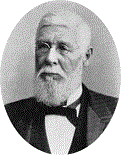
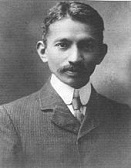



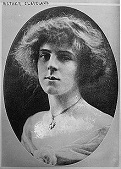






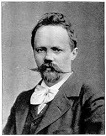


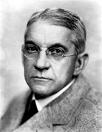





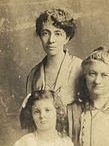














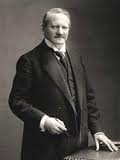




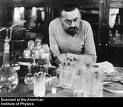

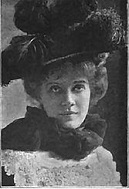




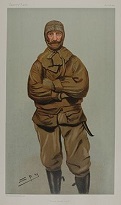
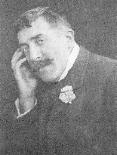







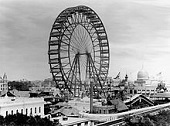


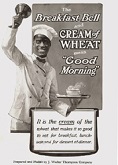
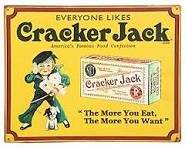















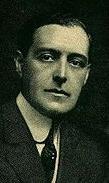
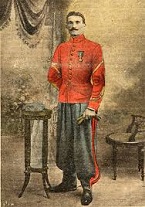





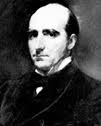
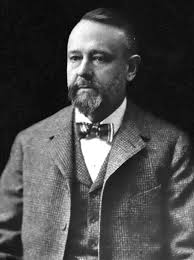



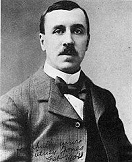
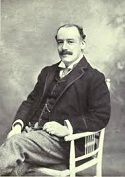
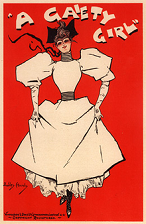
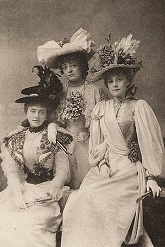



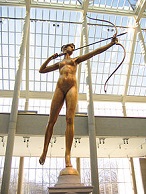
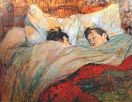




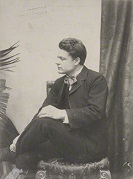

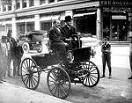


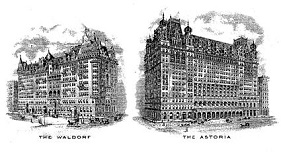
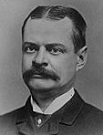

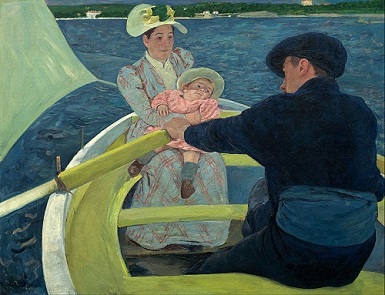
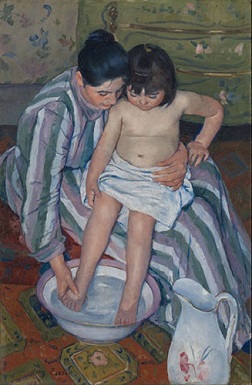


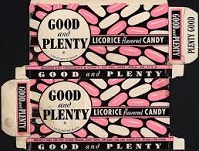

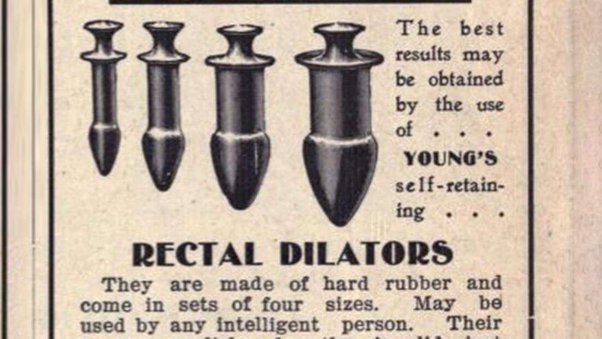
1893 An Ottoman census which incl. women gives the total pop. at 17.4M. On Jan. 2 the Columbian Issue by the U.S. Post Office goes on sale, featuring Queen Isabella of Spain on the 5 cent stamp ("Columbus Soliciting Aid of Isabella"), along with the first-ever $1-$5 U.S. stamps; the $1 stamp is "Isabella Pledging Her Jewels"; the $4 stamp is "Isabella and Columbus", becoming the first to bear the portrait of a woman (next Martha Washington in 1902). On Jan. 6 the U.S. Congress grants a charter for a Nat. Cathedral to the Protestant Episcopal Cathedral Foundation in Washington, D.C., signed by Pres. Benjamin Harrison; in 1896 Rt. Rev. Henry Yates Satterlee is consecrated as the first bishop of Washington, D.C., immediately securing land on Mount Saint Alban for the cathedral; the foundation stone isn't laid until Sept. 29, 1907. On Jan. 10 Populist Party candidate Davis Hanson Waite (1825-1901) becomes Colo. gov. #8 (until Jan. 8, 1895), going on to support bimetallism and federalized banking, declare war against Jefferson Randolph "Jeff" "Soapy" Smith II (1860-98) and his corruption machine in Dirty Denver, Colo., protect striking miners and railroad workers, and help get women's suffrage passed in Colo. (2nd U.S. state), giving the Bloody Bridles Speech in 1893, with the soundbyte: "It is better, infinitely better that blood should flow to the horses' bridles rather than our national liberties should be destroyed"; meanwhile Denver receives a new municipal charter from the state legislature that decentralizes the mayor's power into six admin. depts., two appointed by the mayor, two elected, and two appointed by the gov., giving him his tool to fight Soapy Smith. On Jan. 13 workers at the Manningham Mills in Bradford, England go on strike, causing the Independent Labour Party (a precursor to the current Labour Party) to hold its first meeting in Bradford under Scottish Socialist MP (since 1892) James Keir Hardie (1856-1915); it goes on to contest 28 seats in the 1895 gen. election. On Jan. 16-17 knowing that pres.-elect Cleveland is against Hawaiian annexation, U.S. sugar growers in Honolulu, in collusion with U.S. minister to Hawaii John Leavitt Stevens (1820-95) stage a nearly bloodless overthrow of the Kingdom of Hawaii led by newspaper pub. Lorrin Andrews Thurston (1858-1931) and other cocky descendants of U.S. missionaries, backed by U.S. troops from the USS Boston, proclaiming Hawaii a repub. with a Provisional Govt. of Hawaii (ends July 4, 1894), and "ceding" 1.8M acres of land from the Hawaiian monarchy; Queen Liliuokalani, who keeps cool and forbids her people to fight is deposed by Sanford Ballard Dole (1844-1926) and the Missionary Party, and imprisoned in 'Iolani Palace; in Feb. the Yankees try to push an annexation treaty through the lame duck Congress, but La. and Colo. sugar beet interests block it; meanwhile the queen sends emissaries to Washington, D.C. seeking removal of the troops, but they ignore her and choose Pearl Harbor lagoon as HQ for the U.S. Pacific fleet; on Nov. 23, 1993 Pres. Bill Clinton signs U.S. Public Law 103-150 AKA the Apology Resolution, acknowledging that the invasion was illegal - but we'll keep it? On Jan. 25 Boston, Mass.-born blonde-blue actress Ida Conquest (1876-1937) makes her stage debut as First Girl Friend in The Harvest at Miner's Theater on Fifth Ave. in Manhattan, N.Y., going on to become a top Broadway star; her final Broadway appearance is in Henrik Ibsen's "Little Eyolf" (1910) at the Nazimova 39th Street Theatre. On Jan. 25 Charles Frohman (1856-1915) and Raphael "Al" Hayman (1847-1917) open the Empire Theatre in New York City across from the Metropolitan Opera House near 40th St., going on to become the #1 New York City playhouse until the 1940s; demolished in 1952; David Belasco's "The Girl I Left Behind Me" is the first production. In Jan. after making use of the Marias Pass, which he discovers in 1899, allowing him to build a rival track N of the Northern Pacific which enjoys easier and shallower terrain, the Great Northern Railway from St. Paul, Minn. to Seattle, Wash. (1.7K mi.) (begun 1857) is completed, and owner James Jerome Hill (1838-1916) gets the U.S. govt. to open Montana to homesteading; too bad, the Panic of 1893 then arrives, but Hill proves his capitalist cajones by risking an employee strike to repeatedly cut wages while giving his customers credit and lowering his freight rates by 13%, emerging with his net worth going up by $10M, and his eye on Chicago; the railway closes in 1970. In Jan. French feminists Jeanne Elizabeth Schmahl (1846-1915), Juliette Adam (1836-1936) et al. found the Avant-Courriere (Forerunner) Assoc. to call for the right of women to be witnesses in court and for married women to dispose of the product of their labor, dissolving after the passing of the 1907 Married Woman's Earnings (Schmahl) Act. On Feb. 1 Thomas Edison opens his barn-like Black Maria (pr. ma-RYE-uh) motion picture studio in West Orange, N.J., becoming the first movie studio in the U.S. and world; one of his first films is Two Men Boxing (1891). On Feb. 8 anchor liner Trinalria sinks off the coast of Spain, killing 115. On Feb. 18 George Tupou II (1874-1918) becomes king of Tonga (until Apr. 5, 1918), going on to marry Lavinia Veiongo Fotu (1879-1902), who can produce an heir combining the three main royal bloodlines, although this almost leads to a civil war, and he proves an inept leader, leading to Tonga becoming a British protectorate in 1905? On Feb. 18 after Pres. Harrison nominates him on Feb. 2 to replace Lucius Quintus Cincinnatus Lamar II (1888-93) (who died on Jan. 23), Paris, Tenn.-born Dem. Howell Edmunds Jackson (1832-95) becomes U.S. Supreme Court justice #54 (until Aug. 8, 1895) reducing the court to eight members until next year after Samuel Blatchford (1820-93) dies on July 7; Jackson becomes the first justice to hire a law school grad as his clerk, future U.S. Supreme Court justice James Clark McReynolds. 1893 is a good year for funky legal pronouncements from on high? On Mar. 3 after the U.S. Civil War ruins the Southern tomato biz, allowing Caribbean competitors to gain a foothold, the U.S. Congress passes the U.S. Tariff Act of 1883 (Mongrel Tariff Act), which raises tariffs on some items and lowers them on others, exempting fruit not vegetables, pissing-off tomato growers John Nix et al., who sue the U.S. govt. in 1887 on the claim that tomatoes are botanically classified as fruits (ovary and seeds of flowering plants), which New York port collector Edward L. Hedden counters by pointing out that eggplants, cucumbers, squashes, peppers, and peas are commonly regarded as vegetables; on May 10, 1893 the U.S. Supreme (Fuller) Court rules unanimously in Nix v. Hedden to declare the tomato (Solanum lycopersicum, of the nightshade family) to be a vegetable for the purposes of the 1883 Tariff Act, with Horace Gray writing the majority opinion, becoming a highlight for the boring nutty fruitcake full-of-it Melville Fuller court; in 2003 a N.J. state rep. unsuccessfully tries to make the Jersey tomato the state fruit (high-bush blueberry wins), but Ark. makes it the state fruit and vegetable to cover all bases; meanwhile the Southern Calif. Fruit Exchange is founded in Claremont (near Los Angeles), Calif. by orange grower Edward L. Dreher (1877-1964), who becomes "the Father of the Calif. Citrus Industry"; in 1896 lemon growers join; by 1905 it has 5K members (45% of the Calif. citrus industry), dropping the Southern; in 1907 it launches the Sunkist brand; in 1952 it becomes Sunkist Growers Inc. Uncle Jumbo gets taken down the drain by the Panic of 1893, causing a Repub. landslide in 1894 and the agrarian-silverite seizure of his Dem. Party in 1896 and launching the Progressive Era? On Mar. 4 N.J.-born U.S. pres. #22 "Uncle Jumbo" Stephen Grover Cleveland (1837-1908) becomes the 24th U.S. pres. (until Mar. 4, 1897) in the 31st U.S. Pres. Inauguration in the U.S. Capitol in Washington, D.C. in a snowstorm, making the man not from O-hi-O both the 22nd and 24th pres. (1885-9, 1893-7); Ky.-born Adlai Ewing Stevenson (1835-1914) becomes the 23rd U.S. vice-pres. (until Mar. 4, 1897); a ticket from Cleveland's first inaugration ceremony gets you into this one; former treasury secy. (under Pres. Arthur) Walter Quintin Gresham (1832-95) becomes secy. of state #33 (until May 28, 1895); after the appointment of receivers for the Philadelphia and Reading Railroad on Feb. 20, Cleveland convinces Congress to repeal the 1890 U.S. Sherman Silver Purchase Act, leading to the Panic of 1893, blamed by the Cleveland admin. on mismanagement of silver and decline of U.S. gold reserves, causing the U.S. to experience its most severe depression so far; the homeless become a problem for the first time; anti-Roman Catholic activity heats up. On Mar. 7 Julius Sterling Morton (1832-1902), founder of Arbor day on Apr. 10, 1872, and father of Morton Salt Co. founder Joy Morton (1855-1934) becomes U.S. agriculture secy. #3 (until Mar. 5, 1897). On Mar. 31 the Dundee Advertiser in Scotland pub. a speech by R. Scott Moncrieff, commissioner of the Society for the Relief of Persecuted Jews about a visit to Palestine he made in Aug. 1891, with the soundbyte: "The question was often asked how many Jews there were in Palestine, and that question he had endeavoured to find an answer to. In Palestine he found after much inquiry - although he had considerable difficulty in getting reliable facts - that there were at least 75,000 Jews, young and old. The great bulk - much more than half - of the Jews were in Jerusalem. After inquiring at different Rabbis and at Christian residenters, he was led to conclude that there must be at least 45,000 Jews in and around Jerusalem." On Apr. 1 the rank of chief petty officer is officially established in the U.S. Navy; boatswain's mate and gunner's mate were in use since 1797. On Apr. 21 PM William Gladstone's Govt. of Ireland Bill 1893 (Second Home Rule Bill) is approved 347-304 by the House of Commons, but fails by 41-419 in the House of Lords. In Apr. a large Tonghak demonstration is held in Ch'ungch'ong, Korea. In Apr. after leaving India, 24-y.-o. well-dressed Porbandar, India-born Gujarat, India-raised London-educated barrister Mohandas Karamchand Gandhi (1869-1948) is kicked out of the first class compartment on a train in South Africa because he isn't white, then thrown off the train, which sets him on his life course of fighting against white oppression, founding the Natal Indian Congress in 1894 - just because you're not wearing clothes doesn't mean you're not intuitive? Food is Love, or the Devil in the White City? The 20th Century begins ahead of schedule in the greatest World's Fair of All Time? On May 1 Pres. Cleveland presses a golden telegraph key in front of a crowd of 300K (largest so far in U.S. history) to start the giant Westinghouse electrical generators lighting 120K lightbulbs and open the $27M World's Columbian Expedition (Chicago World's Fair) (closes Oct. 30) in the "White City" of 150 neoclassic bldgs. in Jackson Park, 686 acres of reclaimed swamp along the shore of Lake Michigan 7 mi. S of downtown Chicago (built of plaster-cement-fiber staff on flammable wooden-steel frames, not marble, and painted using newfangled spray-painting equipment), designed by Daniel Hudson Burnham (1846-1912) and John Wellborn Root (1850-91) (who dies trying to meet the crushing time constraints); on May 12 the South Side Elevated Railroad reaches Jackson Park to provide service to the fair, becoming the first "el", based on the nickname "alley L"; Frank Lloyd Wright (b. 1867) quits college to work for Burnham, who first sends him to the Beaux Arts in Paris, and he comes back saying that the Columbian Exposition set U.S. architecture back 50 years; Francis Bellamy's new "Pledge of Allegiance" is recited by children at the fair's dedication; the Exposition orchestra, conducted by Theodore Thomas (1835-1905) features violinist Maud Powell (1867-1920), who proves that woman can work in them newfangled orchestra thingies; the Court of Honor features the magnificent Peristyle by Charles Atwood, Daniel French's 65-ft.-tall statue The Republic, as well as colossal heads of artists Michelangelo et al. by French-born Beaux Arts popularizer Olin Levi Warner (1844-96) i n the Palace of Fine Arts, which houses 10K pieces of art so crowded together that nobody can view them all; the 1687 ft. x 787 ft. x 245 ft. tall (500K sq. ft.) (44 acre) Manufacturers and Liberal Arts Bldg. (opened in Oct. 1892 in front of a crowd of 100K), the largest bldg. in the world, has a crowd cap. of 300K and is lit with 10K electric lights, and the endless exhibits are worth at least $50M; the U.S. Liberty Bell is displayed in the Penn. exhibit in a replica of Independence Hall; the Japanese Village is the first exposure of Americans to cool Japanese culture, and is the only non-white exhibition not snickered at; the Cold Storage Bldg. features an indoor skating rink, and burns down on July 10 with the loss of 13 firemen and four workers, who climb to the top of the metal tower then burn alive or jump while the crowds watch; t he polychrome pro-Modern Transportation Bldg. is designed by Louis Henri Sullivan; the Women's Bldg., designed by 21-y.-o. Am. architect Sophia Hayden (1868-1953) (first female in the U.S. with an architecture degree) features exclusively work by women (too bad, welcome to reality, Hayden is only paid $1K for her design, 10% of what men earn); the first-ever (264 ft., 1.2K ton) Ferris Wheel, built by George Washington Gale Ferris Jr. (1859-96) (36 salon cars, each holding 40-60 passengers, with five glass panels) is the highlight and the financial salvation of the fair, and is set up at the 1904 St. Louis World's Fair then scrapped; an all-electric kitchen is featured; the Captive Balloon costs $2 for a ride to 1,490 ft. plus a photo, and it crashes in high winds and goes out of biz; the Shedd Aquarium Bldg., the largest indoor aquarium in the world causes an awakening of the environmental movement; the Midway Plaisance of future U.S. congressman (Jewish) Sol Bloom "the Music Man" (1870-1949), designed by Frederick Law Olmsted is the big moneymaker, filled with booze, cigars and bawdy entertainment, incl. the Streets of Cairo ("Beautiful Orient") Bldg., complete with a replica of the Sphinx, featuring Little Egypt (Farida Mazar Spyropoulos) and the "Naughty Girls from Algeria", who dance the Hootchy-Kootchy (Hoochie-Koochie) (Kouta-Kouta), AKA the "danse du ventre" (belly dance) (named by Bloom), with the first perf. of Bloom's uncopyrighted Snake Charmer Tune ("Oh they don't wear pants on the sunny side of France"), which pisses-off Head Prude Anthony Comstock into trying to shut it down, which only makes it more popular and causes the dance to spread around the U.S., complete with a better 1895 version of the song The Streets of Cairo, or The Poor Little Country Maid, by James Thornton (1861-1938), who uses his wife Bonnie to demonstrate it; the U. of Chicago is later built on the site of the Midway Plaisance, and the Chicago Bears football team becomes known as "the monsters of the Midway"; Boilerplate the Mechanical Marvel, a mechanical robot is another don't-miss; the fair introduces the word "cafeteria"; the Rumford Kitchen of home economics founder Ellen Henrietta Swallow Richards (1842-1911) showcases food science, incl. luncheon menus with nutritional info.; chili con carne is introduced; Joseph Garis Cochrane displays her new automatic dishwater (patented 1886); carmel maker Milton S. Hershey sees chocolate-making machinery at the fair and buys it; Henry Perky's shredded wheat is popularized, along with Wrigley's new Juicy Fruit brand chewing gum; German-born Frederick William "Fritz" Rueckheim and his brother Louis Rueckheim introduce Cracker Jack brand caramel-coated popcorn with peanuts (which is registered in 1896, comes in a "wax-sealed" packages in 1899, gets a boost from the 1908 song "Take Me Out to the Ball Game" by Albert Von Tilzer and Jack Norworth, and begins incl. silly trivial toys as prizes starting in 1912, then features Sailor Jack and his dog Bingo in 1918, with the motto "The more you eat the more you want"); they actually don't introduce it until 1896?; Pabst Blue Ribbon Beer, made by Capt. Johann Gottlieb Friedrich "Frederick" Pabst (1836-1904) (since 1882, when he started tying silk ribbons to his Select Beer) wins a blue ribbon, and guess what, 30M ft. of silk blue ribbon shipped with the beer that didn't quite make Milwaukee famous by the turn of the cent.?; Cream of Wheat farina breakfast porridge mix made from wheat semolina makes its debut; Bavarian sausage vendor Anton Ludwig Feuchtwanger starts out providing white gloves to eat them with, then switches to rolls when they keep the gloves as souvenirs; Henry John "H.J." Heinz (1844-1919) attracts people to his 2nd-floor out-of-the way booth by handing out Heinz pickle pins, going on to give away 100M of them during the next cent.; R.T. Davis Mill Co. hires Ky.-born former slave Nancy Green (1834-1923) to demonstrate Aunt Jemima pancake mix in front of their 24-ft.-high 12-ft.-diam. world's largest flour barrel, causing co. sales to go through the roof; writer L. Frank Baum later models his Emerald City after the White City; "Devil in the White City" serial killer Dr. Henry Howard Holmes (Herman Webster Mudgett) (1861-96) ("the Torture Doctor") sobers it up with some World's Fair murders after he builds a 105-room hotel nearby filled with torture chambers, and lures 27+ young women to their deaths, torturing and gassing them in a soundproof room, then butchering their bodies in the basement and selling the parts to medical schools; the fair closes on Oct. 30 after hosting 27M visitors from 73 nations, and makes a small profit; on the night of Oct. 28 disgruntled insane newspaper distributor Patrick Eugene Joseph Prendergast (1868-94) (who thought that he was owed a govt. job for supporting his election campaign) murders Chicago mayor Carter Henry Harrison Sr. (b. 1825) in his home with a small revolver, causing many to skip the closing ceremonies for his Nov. 1 funeral; Prendergast is hanged next July 13 after his atty. Clarence Darrow unsuccessfully raises the insanity defense - he didn't get the job, did he? On June 14 Philadelphia, Penn. observes the first Flag Day, to commemorate June 14, 1777, when Congress adopted the Stars and Stripes. On June 20 Ind.-raised Eugene Victor Debs (1855-1926), grand secy. of the Brotherhood of Locomotive Firemen since 1893 organizes the Am. Railway Union, becoming its first pres. (until 1897). On June 22 British battleships HMS Victoria and HMS Camperdown collide off the coast of Tripoli, Syria, killing 357. On June 27 the New York stock market crashes. In the summer Pres. Cleveland has a secret operation to remove a huge tumor in the jaw, which is covered-up to the public; he begins wearing a rubber jaw. On July 17 after Pres. Harrison supports annexation and sends a treaty to the U.S. Senate, and new Pres. Cleveland withdraws the Hawaiian annexation treaty and rebukes the sugar growers for the way they took over the govt., sending an investigator to Honolulu to investigate, the Blount Report is delivered to Pres. Cleveland by white supremacist former U.S. Rep. (D-Ga.) (1873-93) James Henderson Blount (1837-1903), rejecting the idea of annexing a bunch of Polynesians to the lily white U.S., and calling for U.S. troops to restore Da Queen to powah, after which Sanford Dole defies his order to reinstate her, and she hurts herself by demanding that the 60+ Am. rebels be beheaded instead of given amnesty, causing Hawaii to become a loose cannon, with neither party considered acceptable to rule it? On July 25 Liberal Jose Santos Zelaya (1853-1919), backed by disgruntled conservatives becomes pres. of Nicaragua (until Dec. 21, 1909), and initiates educational and other reforms - hey everybody it's limo time? On July 27 New York executes its 4th electrocution, of William Taylor; after the first jolt fails to kill him and the generator blows, he is kept alive on morphine for 1 hour 9 min. until it can be fixed and the final jolt administered - what did you do today, honey? On July 30 Scientific American carries the first known automobile ad, from Winston Motor Car Co., with the slogan "Dispense with a Horse". On July 31 the Gaelic League is founded on July 31 in Dublin, Ireland by Douglas Ross Hyde (1860-1949) and Eoin MacNeill (1867-1945) to promote Irish language, history, and culture, going on to pub. Gaelic Journal and spearhead the Gaelic Revival, which began with the formation of the Ulster Gaelic Society in 1830. On Aug. 7 Domingo Vazquez (Vázquez) becomes pres. of Honduras (until Feb. 22, 1894). In Aug. self-taught white English babe Mary Kingsley (1862-1900), whose daddy died and left her an income allowing her to do her thing arrives in Luanda, Angola and begins living with the natives, learning their survival skills, and going on to explore the Ogowe River to visit the cannibal Fang tribe, then climb 13,760-ft. Mount Cameroon by a new route, finally returning to England in Oct. 1895 and shocking the WASP prudes by telling them that blacks aren't really inferior and that polygamy is natural for them, but not admitting to sex with blacks? On Sept. 11-27 the first annual World Parliament of Religions at the World Columbian Exposition in Chicago, Ill. brings together Catholics, Protestants, Jews, Muslims, Buddhists, Christian Scientists, Spiritualists, Confucians, Baha'is, Jains, polytheists, and pagans in an attempt to "combine into one world-religion what is best", becoming the first interfaith gathering, birthing a global movement; too bad, it doesn't work, since they all think they've got the only truth; Nat. Council of Jewish Women (NCJW) is founded by Hannah Greenebaum Solomon (1858-1942), becoming the first nat. assoc. of Jewish women, pissing-off Jewish men; Hindu guru Swami Vivekananda (Narendra Nath Datta) (1863-1902) gives an inspiring speech on the opening day starting with "Sisters and Brothers of America", introducing Hinduism and the philosophies of Vedanta and Yoga to the Western World. On Sept. 16 (noon) the Okla. Land Run of 1893 sees the 2-mi.-wide 225-mi.-long Cherokee Outlet (Strip) in NC-NW Okla. opened to 100K white migrants claiming 40K homesteads on 6M acres, populating the towns of Enid, Okla. in NC Okla. (named after a char. in Alfred Lord Tennyson's "Idylls of the King") and Woodward, Okla. near the Okla. Panhandle along the almost kaput Great Western Cattle Trail (founded 1874) on the S bank of the North Canadian River, which is on the Southern Kansas Railway, becoming a loading point for cattle grazed in the Cherokee Outlet; East Woodward is originally called Denver. On Sept. 19 women in New Zealand become the first in the world to gain the right to vote, and the country goes on to show its new zeal by a slew of social welfare legislation until the 21st cent. On Sept. 28 the first known use of the term "hot dog" in print appears in the Knoxville Journal: "Even the weinerwurst men began preparing to get the 'hot dogs' read for sale Saturday night"; the Oct. 19, 1895 issue of the Yale Record contains the phrase: "They contentedly munched hot dogs during the whole service". In Oct. the First Matabele (Matebele) War in British South Africa sees the Brits under Edinburgh, Scotland-born Sir Leander Starr "Doctor Jim" "Lanner" Jameson (1853-1917) (former friend of King Lobengula, whom he treated for gout and talked into the original 1889 mining concession) slaughter the Matebeles with the new Maxim (Machine) Gun and occupy Bulawayo; meanwhile King Lobengula takes sick in Dec., and this time Doctor Jim no workee for him, so the company wins a decisive V in Jan., dissolving the Ndebele Kingdom. On Nov. 1 steamship Wairaro sinks off the coast of New Zealand, killing 134. On Nov. 1 the Western Mail of Cardiff, Wales pub. an interview with Arab Christian Yusuf Audi, "chief of the Dahr Awad tribe", "a lineal descendant of Jonadab, the son of Rechab", describing the laziness and illiteracy of the Muslims in Palestine, with the soundbyte: "The Jews, who number 35,000 are in a majority, and all the remainder are either Mohammedans or Christians, there being about 20,000 of each." On Nov. 7 after support by Populist gov. (since Jan. 10, 1893) Davis Hanson Waite (1825-1901), Colo. becomes the 2nd U.S. state after Wyo. to grant women the vote; too bad, after is voted out of office in 1894, Waite reverses his opinion of women's suffrage. On Nov. 12 the Durand Line Agreement defines the S borders of Afghanistan. On Nov. 13 Swaziland is annexed by Transvaal. On Nov. 17 the Buckhorn Exchange eating-drinking establishment at 1000 Osage St. in Denver, Colo, named after the Buckhorn Lodge across the street is founded by former Buffalo Bill Cody companion Henry H. "Shorty Scout" Zietz (1949), and is issued Colo. liquor license No. 1, becoming Denver's most famous restaurant, with patrons incl. U.S. presidents Teddy Roosevelt, Franklin Roosevelt, Dwight Eisenhower, Jimmy Carter, and Ronald Reagan, and celebs Princess Anne, Scott Carpenter, Jack Swigert, Will Rogers, Roy Rogers, Bob Hope, Jimmy Cagney, and Charleton Heston; in 1938 Chief Red Cloud, nephew of Sitting Bull leads a delegation of 30 Sioux and Blackfoot Indians down Osage St., handing Zietz Gen. George Custer's military saber from the 1876 Battle of Little Big Horn; the walls go on to display 575 pieces of taxidermy and 125 guns along with cool vintage photographs; in 1972 it is designated a historic landmark by the city. On Nov. 18 Pope Leo XIII issues the encyclical Providentissimus Deus (On the Study of the Holy Scripture), flip-flopping on the 1633 Galileo condemnation and rejecting the Biblical fundamentalism of Cardinal Bellarmine and the Qualifiers of the Holy Office - wow, that sounds like a balanced article, or, Thank You for Matchless Smoking? On Dec. 27 the secret Dual Alliance between Russia and France is ratified by the French Parliament through an interchange of letters (ending Jan. 4, 1894), whereby France will provide Russia 1.3M troops in the event of an attack by Germany (or Austria-Hungary backed by Germany), and Russia will provide France 700K troops in the event of an attack by Germany (or Austria-Hungary backed by Germany). Pres. Cleveland demands and obtains repeal of the Sherman Silver Purchase Act of 1890, splitting the party between gold and silver Dems.; when this move fails to cure the panic, and gold reserves decline below $100M, Cleveland resorts to both public and private (e.g. J.P. Morgan) bond issues, sealing his rep. as a conservative. Dahomey is occupied and annexed by France. The U.S. creates its first official ambassadors (as opposed to ministers or envoys), starting with Britain, France, Germany and Italy, followed by Russia in 1898 and Brazil in 1905; Del.-born Dem. Sen. (1869-85) Thomas Francis Bayard Sr. (1828-98) becomes the first U.S. ambassador to the Court of St. James in Britain (until 1897). The British Oil Rivers Protectorate in N Nigeria changes its name to Niger Coast Protectorate. British diplomat Mortimer Durand draws a boundary line between Pakistan and Afghanistan that ignores the existence of the large Pasthun pop., who ignore the boundary. Natal is granted self-govt., becoming a province of South Africa in 1910-94. Vientiane (Laos) becomes a French protectorate, and is incorporated into the Union of Indochina. Rabih al-Zubayr finishes conquering Chad (until 1900), and declares himself king of a resurrected Muslim Borno kingdom, building a magnificent palace in his capital of Dikoa (Dikwa), going on to make money from the slave trade. The Panama Canal Corruption Trial is held in Paris. The French Monteil Mission tries to occupy the High-Oubangui in Sudan. The city of Novosibirsk ("New Siberia") on the Ob River in SW Siberia (original name Novonikolayevsk until Sept. 12, 1926) (modern-day pop. 1.4M7M/1.57M) is founded on the Trans-Siberian Railway, becoming known as "the Chicago of Russia" for its rapid growth and industralization under Joseph Stalin. German explorer ? Goetzen crosses Africa from east to west. Gold is discovered near Kalgoorlie-Boulder ("Kal") in Western Australia, becoming "the richest square mile of gold-bearing dirt in the world"; eventually a man-made canyon 1 mi. x 2 mi. x 1.2K ft. deep is created by miners, who extract over 1.3K tons. A Frog tries to become a combo Passepartout and Marco Polo? French diplomat Charles Eudes Bonin (1865-1929), new envoy to the Mung people of Laos begins an expedition to explore the Mekong River to resolve a territorial dispute between Siam and Annam, getting Siam to relinquish its claims; in 1895 he gets a promotion and begins another expedition from Hanoi up the Red River into SW China, then N into the Gobi Desert of Mongolia, through Tibet to the Siberian frontier, then on to Beijing and France in 1897; in 1898 he starts out in Shanghai, travels up the Yangtze River to the Tibetan border, then Beijing, N into S Mongolia then N Tibet, visiting Qinhai Lake (Koko Nur) and Lop Nur, returning E to Beijing along Marco Polo's route, returning with the first scientific maps of the Yangtze and Yellow Rivers. English explorer Frederick George Jackson (1860-1938) begins an Arctic expedition in Russia and Lapland, then next year begins the Jackson-Harmsworth Expedition, financed by newspaper Alfed Harmsworh to explore Franz Josef Land (until 1897), proving that it is an archipelago not a continent; meanwhile Fridtjof Nansen (1861-1930) of Norway leads an unsuccessful expedition to the North Pole (ends 1896) which drifts with the Arctic ice pack and reaches a record N lat., influencing future expeditions with innovations in equipment, clothing, and techniques; on June 17, 1896 Jackson happens on them by accident in Franz Josef Land as they are trying to to return by sledge, saving their lives. The La. sugar crop finally reaches its prewar levels. The 36-mi. Manchester Ship Canal in NW England is completed. After the 1866 discovery of dynamite finally makes it possible, the Corinth Canal in Greece, first begun by Nero in 67 C.E. opens after 40M francs are spent in 1830 by Greece, another 30M in 1869 by Austria, and 5M more are given to a Greek co. in 1890 to finish it. Am. physician Henry L. Coit of Essex County, N.J. gets the Medical Milk Commission to be formed to certify milk for cleanliness, whether pasteurized or not; too bad, certified milk costs up to 4x the price of uncertified milk, causing Macy's owner Nathan Straus to set up "milk depots" in New York City to provide low-cost pasteurized milk and crusade against unpasteurized milk; the first commercial pasteurizing machines are introduced in 1895, and the first compulsory pasteurization law is passed in Chicago, Ill. in 1908. Victoria Mary of Teck (1867-1953) marries Duke George of York (later George V). Russian-born Emma Goldman (1869-1940), co-leader with Alexander Berkman (1870-1936) of the U.S. anarchist movement is arrested and sentenced to 1 year on Blackwell's Island in New York City for giving a speech under the trumped-up charge of cha-cha-cha incitement to riot, which only adds to her fame, launching her on a lecture tour of England and Scotland starting in 1894 - what, no riots? Queen Isabella becomes the first female put on a U.S. coin. Lillian D. Wald (1867-1940) becomes pres. of the Henry Street (Nurses') Settlement in New York City, becoming a leader in social work. 14-y.-o. Joseph Stalin (b. 1879) obtains a scholarship to Tiflis Theological Seminary; he is expelled five years later after being caught 14x reading forbidden literature incl. Marx, Hugo and Darwin. Austrian-born Emil Paur (1855-1932) becomes conductor of the Boston Symphony Orchestra (until 1898). Chicago-born Florenz Ziegfeld Jr. (1869-1932) moves to Broadway, becoming America's first musical "impresario extraordinaire". Romanian violinist Franz Kneisel (1865-1926) leads the Boston Symphony Orchestra perf. at the Columbian Exposition in Chicago, then forms the Kneisel Quartet from orchestra members. The Field Museum of Natural History is founded in Chicago. The Imperial Inst. is founded in South Kensington, London. British naval historian John Knox Laughton and British Adm. Sir Cyprian Bridge found the Navy Records Society to pub. documents on British naval history; U.S. Rear Adm. Alfred Thayer Mahan becomes the first overseas member. The U. of Glasgow (founded 1450) admits women, founding Queen Margaret and Muirhead Colleges for women. John Haden Badley (1865-1967) founds Bedales School in Haywards Heath, England, with a progressive curriculum incl. manual labor in fields and gardens, cooking, tailoring, and bootmaking; it goes coed in 1898. The St. Augustine Alligator Farm Zoological Park in St. Augustine Beach, Fla. opens on May 20. Revue de Metaphysique et de Morale is founded by Leon Brunschvicg (1869-1944), Xavier Leon, and Elie Halevy (1870-1937). Polish-born Marie Curie (b. 1867) becomes the first woman to receive a physics degree at the Sorbonne in Paris, one of only two women in their science program of 1K students, and first in her class - you let them out of the kitchen and the boudoir and look what they do? Oriental studies prof. (Calvinist) Duncan Black MacDonald (1863-1943) is hired by Hartford Theological Seminary in Conn., setting up a school devoted to missionary work among Muslims in the Middle East, becoming the largest Protestant school in the U.S. for missions to the Muslim World. French absurdist playwright Alfred Jarry (1873-1907) coins the term "'Pataphysics" as a parody of Metaphysics, with the definition: "The science of imaginary solutions, which symbolically attributes the properties of objects, described by their virtuality, to their lineaments"; the apostrophe is needed to avoid the pun "patte a physique" (leg of physics); on May 11, 1948 the College de 'Pataphysique is founded in Paris, with the motto "Eadem mutata resurgo" (I rise again the same though changed). The 159 ft. Gustave Zede (Zédé) cylindrical hull submarine is launched on June 1. The Carl Lindstrom Co. is founded in Berlin, Germany by Swedish inventor Carl Lindstrom (1869-1932) to produce phonographs (gramophones) and phonograph records. Paul R. Reynolds founds the first literary agency in the U.S. in New York City. Electrical wizard Charles Proteus Steinmetz (1865-1923) begins his long career with General Electric Co. Frederick Louis Maytag (1857-1937), founds the Maytag Co., going on to produce reliable washing machines and become known for his soundbyte: "Is everybody happy?" Babington's English Tea Room in London opens, becoming a good place to get a scone. Good & Plenty pink-white sweet black licorice coated hard candy is introduced by Quaker City Confectionary Co. in Philly, becoming the oldest branded candy in the U.S.; in 1973 it is acquired by Warner-Lambert, followed in 1982 by Leaf Candy Co., which is acquired in 1996 by Hershey Foods; K-Carmine dye, produced from the crushed bodies of the female cochineal insect is used for the pink candies. Sports: On Jan. 7-Mar. 7 the 1893 Amateur Hockey Assoc. of Canada (AHAC) Season (games alternate between rover and non-rover versions) sees the Montreal Hockey Club win for the 6th straight time, becoming the first winner of the Stanley Cup (La Coupe Stanley) (originally the Dominion Hockey Challenge Cup) on May 15, donated last year by Frederick Arthur, Lord Stanley of Preston (16th Earl of Derby) (1841-1908) (gov.-gen. of Canada in 1888-93), who returns to England during the 1893 season and never watches a championship game or sees his trophy. On Feb. 7 Vanderbilt U. plays the Nashville, Tenn. YMCA, becoming the first college to play a non-college opponent in basketball. On Feb. 10 the first Rocky Mountain Showdown sees the U. of Colo Buffaloes football team defeat the Colo. State U. Rams by 70-6; it is suspended in 1959-82, and not played yearly until 1995; in 1998-? it is played at Mile High Stadium in Denver, Colo., except 2004-5, and 2009, which are played at Folsom Field in Boulder, Colo.; the winner is awarded the Centennial Trophy; as of 2015 the Buffs lead the Rams 63-22-2. On Apr. 6-7 the Longest Gloved Boxing Match in History sees Andy Bowen and and Jack Burke fight 110 rounds (7 hours 19 min.) before the referees call it a "no contest" after both fighters refuse to continue. On Apr. 8 Geneva College defeats New Brighton YMCA in basketball by 3-0 in Beaver Falls, Penn. Lady Margaret Rachel Scott (1874-1938) wins her first of three consecutive British women's golf championships. German immigrant Chris von der Ahe, owner of the St. Louis Browns baseball team in Mo. becomes the first to sell hot dogs at baseball games - pass the salmonella? After visiting the U.S., Swedish-born Martina Sofia Helena Bergman-Osterberg (Bergman-Österberg) (1849-1915) of Hampstead, London invents Netball for women, which is played outdoors on grass, with baskets replaced by rings with nets, with players limited to zones on the court and no dribbling allowed to allow for female modesty; it goes on to spread throughout the British Empire; in 1897 her student Mary Tait invents the Gymslip (Pinafore Dress) (Jumper Dress) sleeveless tunic with pleated skirt for women to replace ground-length skirts and mutton-arm blouses. The Narragansett Machine Co. begins selling iron basketball baskets with a net and chain, replacing peach baskets. Architecture: On Mar. 13 William Waldorf "Willy" Astor, 1st Viscount Astor (18481919) opens the 225-ft. 13-story 450-room Waldorf Hotel at 5th Ave. and 33rd St. in New York City next door to a house owned by Willy's aunt Caroline Webster Schermerhorn Astor (1830-1908) on the future site of the Empire State Bldg., connected by Peacock Alley, becoming the world's largest hotel (until 1963), transforming the concept of a facility for transients into a prestigious destination for visitors, which shocks Victorian society by admitting single women; the architect is Henry Janeway Hardenbergh (1847-1918) of Willard Hotel fame; pince-nez-wearing Prussian-born George Charles Boldt (1851-1916), owner of the Bellevue-Stratford Hotel in Philly becomes the proprietor, popularizing Thousand Island dressing and Waldorf Salad; after initially being called "Astor's (Boldt's) Folly", a benefit concret for St. Mary's Hospital for Children on opening day attended by the elite paying $5 each causes it to become a success, earning $4.5M the first year; in 1931 a new 47-story Art Deco bldg. opens at 301 Park Ave. - visiting blue bloods have a home? After the World's Columbian Exposition (Chicago World's Fair), held 22 years after the Great Chicago Fire of 1871 features a monotonous plethora of neoclassical Greek-Roman architecture, pissing-off the Prairie School of midwestern U.S. architects, led by Frank Lloyd Wright, they go on to create a unique horizontal style to echo the flat treeless expanses; Richland Center, Wisc-.-born architect Frank Lloyd Wright (1867-1959) designs the William H. Winslow House in River Forest (Highland Park), Ill., becoming the first house he builds on his own, and the first Prairie School style house, "opening the box", diverging from the std. Victorian house by having no front and no back; after his own residence in Oak Park, Ill., built in 1889 while working for the firm of Adler & Sullivan in Chicago, he goes on to design the Ward W. Willits House in Highland Park, Ill. (1901), Unity Church in Oak Park, Ill. (1904), the Frederick C. Robie House in Chicago (1906), the Hollyhock House in Los Angeles, Calif. (1917), Taliesen III in Spring Green, Wisc. (1925), Fallingwater in Bear Run, Ohiopyle, Penn. (1935), Honeycomb House in Stanford, Calif. (1936), the S.C. Johnson Admin. Bldg. in Racine, Wisc. (1936), Taliesen West in Scottsdale, Ariz. (1937), S.C. Johnson Research Tower in Racine, Wisc. (1944), the Unitarian Meeting House in Shorewood Hills, Wisc. (1947), V.C. Morris Gift Shop in San Francisco, Calif. (1948), the Price Co. Tower in Bartlesville, Okla. (1952), Beth Sholom Synagogue in Elkins Park, Penn. (1954), and the Solomon R. Guggenheim Museum in New York City (1959). The Shaftesbury Memorial Fountain (begun 1885) by London-born English New Sculpture Movement sculptor Sir Alfred Gilbert (1854-1934) in Piccadilly Circus, London is unveiled, crowned with the aluminum statue of Anteros, which he calls "the Angel of Christian Charity", popularly known as Eros, becoming the world's first aluminum statue. Inventions: On Jan. 10 James J. Harvey of Kidminster, England receives British Patent #546 for a "pneumatic dusting machine" "for removing dust from the surface of books, ornaments, pictures, and the like", requiring two operators, "one of them working a bellows and the other pushing the dust collector from place to place". On Aug. 29 Whitcomb L. Judson (1836-1909) of Chicago, Ill. patents the C-Curity Clasp Locker (invented in 1891), a bulky zipper for shoes and boots, marketed in 1896 as a "universal fastener"; too bad, it often jams or springs open; the modern zipper is not invented until Dec. 1913 by the can-do head designer of his co., Gideon Sundback from Sweden, who adds cups on the back of the teeth. Ill.-born brothers Charles Edgar Duryea (1861-1938) and James Frank Duryea (1869-1967) build the Duryea Automobile, complete with the first pneumatic tires, becoming the first successful automobile produced in the U.S. Thermite, a mixture of aluminum and iron rust powder is invented by German chemist Hans Goldschmidt (1861-1923); it burns at 2.5K C and can be used for welding; he patents it in 1895. Frank J. Kellogg markets the first weight-loss pill, a thyroid extract called the "safe fat reducer"; too bad, its use can cause sudden death. Danish-born Am. chemist Leo Hendrik Baekeland (1863-1944) invents Velox photographic paper, and sells his patent to Kodak for $1M. Karl Benz builds his first 4-wheel car; meanwhile Henry Ford builds his first car. Am. glassmaker Edward Drummond Libbey (1854-1925) of Toledo, Ohio (Founder of Libbey Glass Co. of Toledo, Ohio in 1888) exhibits the world's first dress made of fiberglass at the Chicago World's Fair, modeled by actress Georgia Cayvan (1857-1906); commercial fiberglass is not invented until 1938. The Underwood No. 1 Typewriter goes on sale, featuring visible typing on the front side of the paper, plus an accelerating sublever for faster speed, taking the market from Remington; it still uses the QWERTY keyboard arrangement. English-born Am. chemist Edward Weston (1850-1936), competitor of Thomas Edison invents the Weston Cell, a cadmium-mercury battery that is so stable it becomes the internat. standard for EMF in 1911, after which he waves his patent rights since he has 308 other patents. Self-retaining hard rubber Dr. Young's Ideal Rectal Dilators hit the market as a cure for all mental health problems; their sale is shut down in 1940 by the U.S. atty. for the Southern District of N.Y. Science: The cause of cattle tick fever is discovered to be an arthropod that can transmit it between animals. On July 10 African-Am. surgeon Daniel Hale Williams (1856-1931), 1891 founder of Provident Hospital in Chicago, Ill., the first interracial hospital and training school for black nurses and interns performs the second successful pericardial sac repair operation on heart stab patient James Cornish. Russian neurologist Vladimir Mikhailovich Bechterev (1857-1927) gives the first modern description of Ankylosing Spondylitis, causing it to become known as Bekhterev's Disease. Irish physicist (Trinity College, Dublin) George Francis FitzGerald (1851-1901) suggests that a body undergoing motion contracts in the direction of motion, but doesn't explain why - that would take an Einstein? German psychiatrist Emil Kraepelin (1856-1926) founds modern psychiatry with the clinical approach based on syndromes (patterns of symptoms), classifying psychosis into manic depression and dementia praecox ("sub-acute development of a peculiar simple condition of mental weakness occurring at a youthful age"), becoming the "Founder of Modern Psychiatry and Psychopharmacology" - so that's why psychiatry is full of krap? French chemist Ferdinand Frederick Henri Moissan (1852-1907) discovers Moissanite, silicon carbide crystals found in meteorites in Diablo Canyon, Ariz. that look similar to diamonds. Karl Pearson (1857-1936) invents statistical moments and standard deviation. Nonfiction: Herbert Baxter Adams (1850-1901), The Life and Writings of Jared Sparks (2 vols.). George Louis Beer (1872-1920), The Commercial Policy of England Toward the American Colonies. Jacinto Benavente y Martinez (1866-1954), Letters of Women. James Theodore Bent (1852-97), The Sacred City of the Ethiopians. Pierre Berthelot, Traite Pratique de Calorimetrie Chimique. Alphonse Bertillon (1853-1914), Identification Anthropometrique. Francis Herbert Bradley (1846-1924), Appearance and Reality; big hit with philosophical Idealists. Robert Seymour Bridges (1844-1930), Milton's Prosody. Charles Augustus Briggs (1841-1913), The Higher Criticism of the Hexateuch. Daniel Garrison Brinton (1837-99), The Pursuit of Happiness. Oscar Browning (1837-1923), The Citizen, His Rights and Responsibilities; Guelphs and Ghibellines: A Short History of Mediaeval Italy from 1250-1409; the pro-pope Guelphs and pro-HRE Ghibellines back when they didn't call it church vs. state. Oscar Browning (1837-1923) (ed.), The Science of Education, Its General Principles Deduces from Its Aim, and The Aesthetic Revelation of the World, by Johann Friedrich Herbart, tr. from the German. Sir Richard Francis Burton (1821-90), Personal Narrative of a Pilgrimage to Al-Madinah and Meccah; disguises himself as a Muslim to avoid execution; tells about how they think that the apes around Arafat and Taif are Jews who were punished by Allah for breaking the Sabbath. Karl Bucher (1847-1930), The Rise of the National Economy; founds the study of non-market (gift and exchange) economics. Douglas Campbell, The Puritan in Holland, England, and America. Elizabeth Bacon Custer (1842-1933), Tenting on the Plains; #2 in a trilogy of her life with hubby Gen. Armstrong Custer. Felix Dahn (1834-1912), Julian the Apostate (3 vols.). Rudolf Diesel (1858-1913), The Theory and Construction of a Rational Heat Engine (Theorie und Konstruktion eines Rationellen Warmemotors). Ignatius Loyola Donnelly (1831-1901), Sir Francis Bacon's Cipher Story; claims that Bacon is the real Shakespeare, and also the secret son of Elizabeth I, which is why he concealed his authorship. Richard T. Ely (1854-1943), The Universities and the Churches. Guglielmo Ferrero (1871-1942) and Cesare Lombroso (1835-1909), La Donna Deliquente - why do we like watching cat fights? Samuel Rawson Gardiner (1829-1902), History of the Great Civil War, 1642-1649 (5 vols.). James Geikie (1839-1915), Fragments of Earth Lore: Sketches and Addresses, Geological and Geographical. Henri Houssaye (1848-1911), 1815 (3 vols.); incl "The First Restoration, the Return from Elba and the Hundred Days" (1893), "Waterloo" (1899), and "The White Terror" (1905). Thomas Henry Huxley (1825-95), Evolution and Ethics; "The practice of that which is ethically best - what we call goodness or virtue - involves a course of conduct which, in all respects, is opposed to that which leads to success in the cosmic struggle for existence... Laws and moral precepts are directed to the end of curbing the cosmic process" - my name is Huxley, and I'm England's favorite animal? Pere Hyacinthe (1827-1912), Mon Testament, Ma Protestation. Sir Richard C. Jebb (1841-1905), Attic Orators. Emil Krapelin (1856-1926), Lehrbuch der Psychiatrie, 4th ed.; introduces the concept of dementia praecox, which later subsumes catatonia and dementia paranoides. Rodolfo Lanciani (1845-1929), Maps of Ancient Rome (1893-1901); becomes std. work. Stanley Lane-Poole (1854-1931), The Speeches and Table-Talk of the Prophet Muhammad. Andrew Lang (1844-1912), Homer and the Epic. Arthur Lillie (1831-), The Influence of Buddhism on Primitive Christianity; pisses-off Albert Schweitzer, who calls it "among the fictitious works on the life of Jesus." Alice Meynell (1847-1922), The Rhythm of Life (essays). George Moore (1852-1933), Modern Painting. Max Mueller (1823-1900), Theosophy, or Psychological Religion (Gifford Lecture). Frederick A. Ober, In the Wake of Columbus; a special investigation of the true island where he made first landfall yields no clue? Coventry Patmore (1823-96), Religio Poetae. William Lyon Phelps (1865-1943), The Beginnings of the English Romantic Movement: A Study in Eighteenth Century Literature; athletic Yale U. English prof. since 1892 gets internat. attention for his course on modern novels, causing the admin. to force him to give it up, after which he becomes Lampson Prof. of English Lit. in 1901, retiring in 1933 after 41 years. Agnes Repplier (1855-1950), Essays in Idleness. James Ford Rhodes (1848-1927), History of the United States from the Compromise of 1850 (9 vols.) (1893-1919); vol. 8 History of the Civil War, 1861-1865 (1918) wins the 2nd-ever Pulitzer Prize in history. George John Romanes (1848-94), An Examination of Weismannism; August Weismann. Howard Hyde Russell (1855-1946), A Lawyer's Examination of the Bible; tries to prove the authenticity of the Resurrection by legal criteria. William T. Stead, If Christ Came to Chicago. Sir Leslie Stephen (1832-1904), An Agnostic's Apology. John Addington Symonds (1840-93), Biography of Michelangelo; very gay-friendly? Benjamin Tucker (1854-1939), Instead of a Book, By a Man Too Busy to Write One; anarchist essays from his periodical "Liberty" by a colleague of Lysander Sooner, calling for the abolition of rent and interest. Frederick Jackson Turner (1861-1932), The Significance of the Frontier in American History; read to the Am. Historical Assoc. at the Chicago World's Fair on July 12, proposing the Frontier Thesis of Am. History, overturning the theory of Theodore Roosevelt that battles between trans-Appalachian pioneers and Indians forged the American race, claiming that the ever-expanding frontier shaped the Am. character and destiny, making the U.S. the unique democracy it is today, with the unlimited acreage of land free for the taking as long as Nature, wild Indians, Mexicans, etc. could be tamed, along with freedom from European nobility, church hierarchies, and landed gentry creating a people known for egalitarianism, lack of interest in high culture, and violence, as depicted in zillions of Hollywood Westerns, "breaking the bonds of custom, offering new experiences, calling out new institutions and activities", and creating a new type of citizen (if not race?), the racial-religious-cultural undertones only serving to spice it up?; after it is pub. and distributed, it takes Am. historians by storm, becoming an accepted theory by scholars until recent times when the PC police move in nibble at the fringes, criticizing its lack of mention of the role of women, waves of new immigrants and big cities on the frontier, etc.; "American democracy was born of no theorist's dream; it was not carried in the Susan Constant to Virginia, nor in the Mayflower to Plymouth. It came out of the American forest, and it gained new strength each time it touched a new frontier"; in the 1990s the Internet and World Wide attempt to extend the Great Am. Frontier to the entire world electronically? In 1910 he moves to Harvard U., teaching a gen. of students who take over Am. academia before leaving in 1922 to study at the Huntington Library in Los Angeles, Calif.; too bad, Turner never pub. a major book on the Frontier Thesis despite 40 years of research. August Weismann (1834-1914), Germ Plasm: A Theory of Heredity; his work with sea urchin eggs and chopping off of mice tails (plus the fact that Jewish boys are never born circumcised?) leads him to propose Weismannism, the theory that the germ plasm continues from generation to generation and is rigidly separated from the somatoplasm, thus making transmission of acquired characteristics impossible. Woodrow Wilson (1856-1924), Division and Reunion, 1829-1889 (first book); a hit with U.S. historians. Music: Isaac Albeniz, The Magic Opal (opera). Eugen d'Albert (1864-1932), Der Rubin (opera); Piano Sonata in F sharp minor, Op. 10; String Quartet No. 2 in E flat major, Op. 11; Piano Concerto No. 2 in E major, Op. 12; Der Mensch und das Leben, Op. 14. Ernest Chausson (1855-99), Serres Chaudes (song cycle); lyrics by Maurice Maeterlinck. Claude Debussy (1862-1918), String Quartet No. 1 in G minor, Op. 10 (Dec. 29) (Paris); only work he assigns an opus # to; Le Demoiselle Elue (Élue); based on a poem by Dante Gabriel Rossetti; Nocturnes (1893-99). Antonin Dvorak (1841-1904), Symphony No. 9 in E minor, Op. 95, B. 178 ("From the New World") (5th and last symphony), composed during his U.S. visit in 1892-5, inspired in part by Negro spirituals, becoming his biggest hit; "American" String Quartet in F, Op. 96 (June 10); composed in Spillville, Iowa; uses Am. Negro and Am. Indian music themes; 1st Movement, 2nd Movement, 3rd Movement, 4th Movement. Harry Lawrence Freeman (1869-1954), Epthalia (opera) (Deutsches Theater, Denver) (Feb. 9); first opera written by an African-Am. to be successfully produced; The Martyr (Deutsches Theater, Denver) (Aug. 16); an Egyptian nobleman is executed for worshiping Jehovah. Sir William Schwenck Gilbert (1836-1911) and Arthur Sullivan (1842-1900), Utopia, Limited (comic operetta #13). Engelbert Humperdinck (1854-1921), Hansel and Gretel (Hänsel und Gretel) (opera) (Weimar) (Dec. 23). Andre Messager (1853-1929), Madame Chrysantheme (operetta); incl. Le Jour Sous. Horatio William Parker (1863-1919), Hora Novissima (church oratorio); The Dream King and His Love. Sir Hubert Parry (1848-1918), Overture to an Unwritten Tragedy. Giacomo Puccini (1858-1924), Manon Lescaut (opera #3) (4 acts) (Teatro Regio Turin); based on Abbe Prevost's 1731 novel; his first hit; stars Cesira Ferrani as Manon Lescaut, and Achille Moro as her brother Sgt. Lescaut. Jean Sibelius (1865-1957), Lemminkainen Legends (1893-9); Karelia Suite, Op. 10. Peter Tchaikovsky (1840-93), "Pathetique" Symphony No. 6 in B minor, Op. 74 (Oct. 28) (Oct. 16 Old Style); debuts nine days before his premature death; incl. Pathetique Finale. Giuseppe Verdi (1813-1901), Falstaff (opera) (Feb. 9) (La Scala, Milan); adapted by Arrigo Boito from Shakespeare's "Merry Wives of Windsor" and "Henry IV"; his last opera; his last comic opera 50 years earlier was a flop, but he finally got over it since his comedy is about over, and he will soon join Margherita?; leaves an unfinished King Lear, with libretto by Antonio Somma, which he offers to composer Pietro Mascagni, with the soundbyte: "The scene in which King Lear finds himself on the heath scared me." Art: Mary Cassatt (1844-1926), The Boating Party (1893-4); The Child's Bath. Edgar Degas (1834-1917), Frieze of Dancers; they secure their ribbons before performing? Jean-Louis Forain (1852-1931), Les Temps Difficiles (caricatures). Winslow Homer (1836-1910), The Fox Hunt (38"x 68.5"); a flock of starving crows closes in on a fox stranded in deep snow; his largest painting, immediately purchased by the Penn. Academy of Fine arts, becoming his first to get in a major U.S. museum, finally giving him financial success; Andrew Wyeth's favorite Am. painting of all time? Edvard Munch (1863-1944), The Scream (Norwegian "Skrik" = Shriek); his masterpiece, which he repaints in four versions by 1910; painted after witnessing a blood-red sunset over Oslo in 1892 caused by Krakatoa and rare nacreous (polar stratospheric) clouds, writing in his diary that he felt "a great, undending scream piercing through Nature"; the 1895 version sells for almost $120M. Augustus Saint-Gaudens (1848-1907), Diana (of the Tower) (sculpture); ends up on top of the Madison Square Garden in 1893-1925, followed in 1932 by the Philadelphia Museum of Art. Henri de Toulouse-Lautrec (1864-1901), In Bed; L'Estampe Originale; dancer Jane Avril and printer Pere Cotelle. Edouard Vuillard (1868-1940), Mother and Sister of the Artist; The Yellow Curtain. Plays: David Belasco (1853-1931), The Girl I Left Behind Me (Empire Theatre, New York). Georges Courteline (1858-1929), Boubouroche. Max Halbe (1865-1944), Jugend. Gerhart Hauptmann (1862-1946), The Beaver Coat (Der Biberpelz); Hannele ("dream-poem"); first drama in history with a child as heroine? Herman Heijermans (1864-1924), Dora Kremer. Sidney Jones (1861-1946), Owen Hall (1853-1907), and Harry Greenbank (1865-99), A Gaiety Girl (Prince of Wales Theatre, West End, London) (Oct. 14) (413 perf.); first true musical comedy: produced by George Edwardes; stars C. Hayden Coffin, Louie Pounds, Decima Moore, Eric Lewis, W. Louis Bradfield; features the Gaiety Girls incl. Blanche Massey, who soon attract wealthy Stage Door Johnnies hoping to escort them to dinner and later propose matrimony; after worldwide success, Jones, Hall, and Greenbank become a team producing the successful Daly's Theatre musicals incl. "An Artist's Model" (1895), "The Geisha" (1896), "A Greek Slave" (1898), and "San Toy" (1899). Arthur Wing Pinero (1855-1934), The Amazons (farce); The Second Mrs. Tanqueray; his first hit outside England; another vehicle for Lily Langtry; makes a star of English actress Mrs. Patrick Campbell (1865-1940). Victorien Sardou (1831-1908), Madame Sans-Gene: Historical Romance of the Revolution. Arthur Schnitzler (1862-1931), Anatol. George Bernard Shaw (1856-1950), The Philanderer; not pub. until 1898 and not staged until Feb. 20, 1905; Mrs. Warren's Profession; based on his 1882 novel "Cashel Bryon's Profession"; middle-aged English madame and her prudish Cambridge-educated daughter Vivie, who discovers how mommy's fortune was made, forgives her since it saved her from poverty, then is shocked to find out that she's still a madame; after a fight with the British censors, he gets it performed on Jan. 5, 1902 at the members-only New Lyric Club, but when he gets it produced in New York City in 1905, Anthony Comstock calls the pigs on it, getting it closed after one perf., calling him an "Irish smut dealer", to which Shaw replies "Comstockery is the world's standing joke at the expense of the United States. Europe likes to hear of such things. It confirms the deep-seated conviction of the Old World that America is a provincial place, a second-rate country-town civilization after all"; it is not shown publicly in England until 1925. Hermann Sudermann (1857-1928), Heimat (Home) (AKA Magda); most successful drama of the end of the 19th cent.; about a New Woman who revolts against paternal tyranny. Oscar Wilde (1854-1900), A Woman of No Importance (London, Haymarket Theatre) (Apr. 19). Poetry: Katharine Lee Bates (1859-1929), America the Beautiful; writes it after a trip to Pikes Peak, Colo.; first printed in "The Congregationalist" on July 4, 1895. William Wilfred Campbell (1858-1918), The Dread Voyage. Richard Dehmel (1863-1920), Aber die Liebe. Paul Laurence Dunbar (1872-1906), Oak and Ivy (Lyrics of a Lowly Life) (debut); self-pub. while working as an elevator boy at the Callahan Bldg. in Dayton, Ohio; Teddy Roosevelt later presents him with a ceremonial sword. Michael Field (Edith Emma Cooper) (1862-1913), Underneath the Bough. Louise Imogen Guiney (1861-1920), A Roadside Harp; "What trout shall coax the rod of yore/ In Itchen stream to dip?" William Ernest Henley (1849-1903), London Voluntaries. Jose Maria de Heredia (1842-1905), Les Trophees; 50 sonnets. Rudyard Kipling (1865-1936), M'Andrew's Hymn; "Interdependence, absolute, forseen, ordained, decreed." Josef Svatopluk Machar (1864-1942), Tristium Vindobona. Joaquin Miller (1837-1913), Building of the City Beautiful. Jean Moreas (1856-1910), Enone au Clair Visage. Arthur Quiller-Couch (1863-1944), Green Bays (parodies). Charles G.D. Roberts, Songs of the Common Day; Ave! An Ode for the Shelley Centenary. Christina Georgina Rossetti (1830-94), Verses. Francis Thompson, The Hound of Heaven; "I fled Him, down the nights and down the days:/ I fled Him, down the arches of the years." Katharine Tynan (1861-1931), Irish Love Songs. William Butler Yeats (1865-1939), The Celtic Twilight. Novels: Walter Besant (1836-1901), The Ivory Gate (3 vols.); The Rebel Queen (3 vols.). Wilfrid Scawen Blunt (1840-1922), Griselda (verse novel). Hall Caine (1853-1931), Cap'n Davey's Honeymoon. Lewis Carroll (1832-98), Sylvie and Bruno Concluded; sequel to "Sylvie and Bruno" (1889). Mary Cholmondeley (1859-1925), Diana Tempest. Mary Elizabeth Coleridge (1861-1907), The Seven Sleepers of Ephesus (first novel); praised by Robert Louis Stevenson. Marie Corelli (1855-1924), Barabbas: A Dream of the World's Tragedy. Stephen Crane (1871-1900), Maggie: A Girl of the Streets (first novel). Louis Couperus (1863-1923), Majesteit. Grazia Deledda (1875-1936), Racconti Sardi (short stories). Camille Flammarion (1842-1925), The End of the World (La Fin du Monde); a comet collides with the Earth. Theodor Fontane (1819-98), Irrungen; Wirrungen. Anatole France (1844-1924), La Rotisserie de la Reine Pedauque. Mary Eleanor Wilkins Freeman (1852-1930), Jane Field (first novel). Ludwig Ganghofer (1855-1920), Der Kosterjager. George Gissing (1857-1903), The Odd Women. Kenneth Grahame (1859-1932), Pagan Papers. Madame Sarah Grand (1854-1943), The Heavenly Twins; why male-female marriage sucks. H. Rider Haggard (1856-1925), Montezuma's Daughter. Henry Harland (1861-1905), Mademoiselle Miss. Herman Heijermans (1864-1924), Fles. Margaret Wolfe Hungerford (1855-97), A Mad Prank; The Red House Mystery; Lady Verner's Flight. Hans Ernst Kinck (1865-1926), Ungt Folk (Young People). Jean Lorrain (1855-1906), Buveurs d'Ames. Pierre Loti (1850-1923), L'Exilee; Matelot. Karl May (1842-1912), Winnetou (3 vols.); about a great Apache chief and his white blood-brother Old Shatterhand; big hit in Germany; makes fans of Adolf Hitler and Albert Einstein. Sir Gilbert Parker (1862-1932), Mrs. Falchion. Jean Richepin (1849-1926), L'Aine. Mark Rutherford (1829-1913), Catherine Furze. Edgar Saltus (1855-1921), Madam Sapphira: A Fifth Avenue Story. Olive Schreiner (1855-1920), Dream Life and Real Life: A Little African Story. Flora Annie Webster Steel (1847-1929), From the Five Rivers (short stories). Lew Wallace (1827-1905), The Prince of India; or, Why Constantinople Fell. Israel Zangwill (1864-1926), Ghetto Tragedies. Emile Zola (1840-1902), Le Docteur Pascal; Les Rougon-Macquart (#20 of 20); about a physician from Plassans who believes in heredity as dominant over environment, classifying the 30 descendants of his grandmother Adelaide Fouque (Tante Dide). Births: Japanese world's oldest living person (Jan. 29, 2007 to Aug. 13, 2007) Yone Minagawa (d. 2007) on Jan. 4 in Kyushu. Indian yogi Paramahansa Yogananda (d. 1952) on Jan. 5 in Gorakhpur, Uttar Pradesh. Am. historian-economist (Jewish) Herbert Feis (d. 1972) on June 7 in New York City; Alsatian Jewish immigrant parents; educated at Harvard U. German Nazi art-loving air marshal Gen. Hermann Goering (Göring) (d. 1946) on Jan. 12 in Rosenheim, Bavaria. Soviet MiG aircraft designer (Jewish) Mikhail Iosifovich Gurevich (d. 1976) on Jan. 12 in Rubanshchina, Kursk, Ukraine; educated at Kharkov U., and Montpellier U.; collaborator of Artem Ivanovich Mikoyan (1905-70). Am. Dem. Tex. gov. #36 (1947-9) Beauford Halbert Jester (d. 1949) on Jan. 12 in Corsicana, Tex.; educated at UTA (Kappa Sigma), and Harvard U. German art-stealing artist-architect-journalist and Nazi commissioner of occupied Eastern Europe ("Nazi Racial Philosopher") Alfred Ernst Rosenberg (d. 1946) on Jan. 12 in Reval (Tallinn, Estonia). Am. horror-fantasy writer-poet-artist Clark Ashton Smith (d. 1961) on Jan. 13 in Long Valley, Calif.; friend of H.P. Lovecraft; one of the Big Three of Weird Tales along with Lovecraft and Robert E. Howard. French "Beef Carcass" expressionist artist (Jewish) Chaim Soutine (d. 1943) on Jan. 13 in Smilavichy (near Minsk), Belarus; emigrates to France in 1913. Yugoslav PM (1939-41) Dragisa Cvetkovic (d. 1969) on Jan. 15 in Nis. Am. novelist-dramatist-ed. Charles Fulton Oursler (AKA Anthony Abbott) (d. 1952) on Jan. 22 in Baltimore, Md.; father of Will Oursler (1913-85). German "Maj. Heinrich Strasser in Casablanca" actor Hans Walter Conrad Veidt (d. 1943) on Jan. 22 in Berlin; emigrates to Britain in 1933. Am. Repub. politician Frank Carlson (d. 1987) on Jan. 23 in Cloud County, Kan. Canadian 5'9" hall-of-fame hockey player Julius Francis "Frank" "Pembroke Peach" Nighbor (d. 1966) on Jan. 26 in Pembroke, Ont. Chinese pres. (1968-72) ("Mother of Modern China") (Methodist-turned-Communist) Madame Sun Yat-sen (Chingling Soong) (d. 1981) on Jan. 27 in Chuansha, Pudong, Shanghai; sister of Ailing Soong (1888-1973) and Mayling Soong (Madame Chiang Kai-shek) (1897-2003); wife (1915-) of Sun Yat-sen (1866-1925). French "Julia Sets" mathematician Gaston Maurice Julia (d. 1978) on Feb. 3 in Sidi Bel Abbes, Algeria. Am. comedian-actor-pianist ("the Schnozzola") (Roman Catholic) James Francis "Jimmy" Durante (d. 1980) on Feb. 10 in Brooklyn, N.Y.; Italian immigrant parents - would I deny you Flonase? Am. tennis player (gay) William Tatem "Big Bill" "Gentleman Bill" Tilden II (d. 1953) on Feb. 10 in Philadelphia, Penn.; born to a wealthy family; eats steak and potatoes 3x a day. Am. army chief of staff 5-star gen. Omar Nelson Bradley (d. 1981) on Feb. 12 in Clark, Mo. Am. historian Fred Albert Shannon (d. 1963) on Feb. 12 in Sedalia, Mo.; educated at Ind. State Teachers College, Indiana U., and U. of Iowa. Am. historian James Phinney Baxter III (d. 1975) on Feb. 15 in Portland, Maine; grandson of James Phinney Baxter (1831-1921); educated at Phillips Academy, Williams College, and Harvard U. Am. "The Wingless Victory", "The Barretts of Wimpole Street" stage actress-writer-producer (lesbian) Katharine Cornell (d. 1974) on Feb. 16 in Berlin, Germany; grows up in Buffalo, N.Y. Soviet gen. (CIC from 1925-8) Mikhail Nikolaevich Tukhachevsky (Tukhachevski) (d. 1937) on Feb. 16 (Feb. 4 Old Style) in Alexandrovskoye, Smolensk; distant relative of Leo Tolstoy. English "Suspicion" actor Sir Cedric (OE "war leader") Hardwicke (d. 1964) on Feb. 19 in Stourbridge. Am. "The Sound of Music", "Life with Father", "State of the Union" playwright-librettist-producers Russel Crouse (d. 1966) on Feb. 20 in Findlay, Ohio; collaborator of Howard Lindsay (1889-1968); father of Timothy Crouse (1947-). Belgian spy-hero Gabrielle Alina Eugenia maria Petit (d. 1916) on Feb. 20 in Tournai, Hainaut. Spanish #1 clasical guitarist-composer Andres Segovia (d. 1987) on Feb. 21 in Linares. Polish strongman (Jewish) ("the Strongest Man in the World") Siegmund (Zishe) (Sische) "Ice King" Breitbart (d. 1925) on Feb. 22 in Strykow (near Lodz). English "The Meaning of Meaning" lit. critic Ivor Armstrong Richards (d. 1979) on Feb. 26 in Sandbach, Cheshire; educated at Clifton College and Magdalene College, Cambridge U. Am. "The Tree of Culture" anthropologist Ralph Linton (d. 1953) on Feb. 27 in Philadelphia, Penn.; educated at Swarthmore College, and U. of Penn. Russian "Mother" film dir.-writer-actor Vsevolod Illarionovich Pudovkin (d. 1953) on Feb. 16 (Feb. 28 Old Style) in Penza. Am. tongue-athlete poet-playwright, costume designer, and socialite (bi) Mercedes de Acosta (d. 1968) on Mar. 1 in New York City; Cuban father, Spanish mother (descended from the dukes of Alba); lover of Greta Garbo, Marlene Dietrich, Edith Wharton, Eva La Gallienne, Pola Negri (1897-1987), Amy Lowell, Alla Nazimova, Tallulah Bankhead, Isadora Duncan, Tamara Karsavina et al. Am. "Kiss Me, Kate", "My Fair Lady" choreographer-dancer-teacher Hanya Holm (Johanna Eckert) (d. 1992) on Mar. 3 in Worms. Am. ceramic "Mama of Dada" artist Beatrice Wood (d. 1998) on Mar. 3 in San Francisco, Calif.; inspiration for Rose DeWitt Bukater in "Titanic" (1997). Am. Eskimo Pie inventor Christian Kent Nelson (d. 1992) on Mar. 11 in Denmark. Hungarian Fate Psychology psychologist (Jewish) Leopold Szondi (d. 1986) on Mar. 11 in Nitra, modern-day Slovakia; original family name Sonnenschein. German anti-Nazi politician Erwin Planck (d. 1945) on Mar. 12 in Berlin; son of Max Planck (1858-1947). French politician (Jewish) Jules Salvador Moch (d. 1985) on Mar. 15 in Paris; coiner of the term "Cold War" (1948)? English "Ladies in Retirement" actress Isobel Elsom (Isobel Jeannette Reed) (d. 1981) on Mar. 16 in Chesterton, Cambridge; educated at Howard College; wife of (1942-58) Carl Harbord. Am. jazz pianist John Jean Goldkette (d. 1962) on Mar. 18 in Valenciennes, France (Patras, Greece?); Danish mother; emigrates to the U.S. in 1911. British "Dulce Et Decorum Est" war poet Wilfred Edward Salter Owen (d. 1918) on Mar. 18 in Owestry, Shropshire. Am. baseball hall-of-fame 1B player (St. Louis Browns) "Gorgeous" George Harold Sisler (d. 1973) on Mar. 24 in Manchester, Ohio. Am. astronomer Walter Baade (d. 1960) on Mar. 24 in Schrottinghausen, Germany. Am. educator-chemist-diplomat (1st U.S. ambassador to West Germany, 1955-7) James Bryant Conant (d. 1978) on Mar. 26 in Dorchester, Mass.; educated at Harvard U.; pres. #23 of Harvard U. (1933-53); reorganizes the curriculum to stress gen. education at the undergraduate level, dispensing with class rankings, requirements for Latin classes, and athletic scholarships, requiring the SAT and coed classes, admitting the first women to the medical and law schools. Hungarian "Ideology and Utopia" sociologist (Jewish) Karl Mannheim (d. 1947) on Mar. 27 in Budapest. English archeologist Tessa Verney Wheeler (d. 1936) on Mar. 27 in Johannesburg, South Africa; educated at Univ. College London; wife (1914-38) Mortimer Wheeler (1890-1976). Am. 20th Century Fox pres. (1942-62) Spyros Panagiotis Skouras (d. 1971) on Mar. 28 in Skhourohorion, Greece; emigrates to the U.S. in 1910, but never loses his accent, causing Bob Hope to quip "Spyros has been here twenty years but he still sounds as if he's coming next week." German Adm. Theodor Krancke (d. 1973) on Mar. 30 in Magedeburg. Austrian conductor Clemens Heinrich Krauss (d. 1954) on Mar. 31 in Vienna. English actress-comedian Dame Esmerelda Cicely Courtneidge (d. 1980) on Apr. 1 in Sydney, Australia; daughter of Robert Cortneidge (1859-1939). French historian Bernard Fay (d. 1978) on Apr. 3 in Paris; educated at Harvard U. English "Ashley Wilkes in Gone With the Wind" actor (Jewish) Leslie Howard (Steiner) (Stainer) (d. 1943) on Apr. 3 in London; Hungarian Jewish father, English Jewish mother; educated at Dulwich College, London. Am. Johnson & Johnson CEO (1938-63) (philanthropist) Robert Wood Johnson II (d. 1968) on Apr. 4 in New Brunswick, N.J.; son of Robert Wood Johnson Sr. (1845-1910). Am. aviation pioneer Frederick Joseph "Fred" Noonan (d. 1937) on Apr. 4 in Cook county, Ill. Am. CIA dir. (1953-61) and Council of Foreign Relations dir. (1927-) (Freemason) Allen Welsh Dulles (d. 1969) on Apr. 7 in Watertown, N.Y.; Presbyterian minister father; brother of John Foster Dulles (1888-1959); educated at Princeton U., and George Washington U. Am. 4'0" 85 lb. pioneering parachutist ("the Doll Girl") Georgia Ann Thompson "Tiny" Broadwick (d. 1978) on Apr. 8 in Oxford, N.C. Am. watercolor painter Charles Ephraim Burchfield (d. 1967) on Apr. 9 in Ashtabula Harbor, Ohio. English Socialist publisher (Jewish) Sir Victor Gollancz (d. 1967) on Apr. 9 in London; nephew of Sir Hermann Gollancz (1852-1930) and Sir Israel Gollancz (1864-1930); educated at New College, Oxford U. Am. U.S. undersecy. of state (1945-7) and secy. of state #51 (1949-53) Dean Gooderham Acheson (d. 1971) on Apr. 11 in Middletown, Conn.; educated at Groton School, Yale U. (Scroll & Key), and Harvard U. Am. blues singer (black) (bi) ("the Empress of the Blues") Bessie Smith (d. 1937) on Apr. 15 in Chattanooga, Tenn. Am. dancer Irene Castle (nee Foote) (d. 1969) on Apr. 17 in New Rochelle, N.Y.; wife of Vernon Castle (1887-1918). Am. "Safety Last!" silent film comedian Harold Clayton Lloyd Sr. (d. 1971) on Apr. 20 in Burchard, Neb.; known for wearing trademark eyeglasses. Spanish Surrealist painter-sculptor Joan (pr. "HWAN") Miro i Ferra (Miró i Ferrà) (d. 1983) on Apr. 20 in Barcelona. Am. world's oldest living person (Aug. 13, 2007-Nov. 26, 2008) Edna Ruth Scott Parker (d. 2008) on Apr. 20 in Morgan County, Ind. Am. theatrical producer and stage designer Norman Melancton Bel Geddes on Apr. 27 in Adrian, Mich.; father of Barbara Bel Geddes (1922-2005). Yugoslavian prince regent (1934-41) Paul Karadordevic (d. 1976) on Apr. 27. Am. physical chemist Harold Clayton Urey (d. 1981) on Apr. 29; collaborator of Stanley Miller (1930-); discoverer of heavy water and deuterium; student of the origin of planets; conducts weird experiments to create life - out of year-old clay and urine? German foreign minister (1938-45) Ulrich Friedrich Wilhelm Joachim von Ribbentrop (d. 1946) on Apr. 30 in Wesel, Rhine Province. Spanish monarchist politician Jose Calvo Sotelo (d. 1936) on May 6 in Tui. Canadian hockey hall-of-fame mgr.-coach (Toronto Maple Leafs, Montreal Canadiens) Francis Joseph Aloysius "Frank" Selke (d. 1985) on May 7 in Berlin, Ont. Am. golfer Francis DeSales Ouimet (d. 1967) on May 8; French-Canadian father, Irish mother. Am. psychologist (polygraph and Wonder Woman inventor) William Moulton Marston (d. 1947) on May 9 in Cliftondale, Mass. Am. Thematic Apperception Test psychologist Henry Alexander Murray (d. 1988) on May 13 in New York City; educated at Columbia U.; husband of Christiana Drummond Morgan (1897-1967). English actor Stanley Lupino (d. 1942) on May 15 in London; brother of Barry Lupino (1882-1963); husband of Connie Emerald (1892-1959); father of Ida Lupino (1914-95). British RAF Marshal Sir Charles Frederick Algernon Portal, 1st Viscount Portal of Hungerford (d. 1971) on May 21 in Hungerford, Berkshire. Am. actress Peggy Hopkins Joyce (Marguerite "Peggy" Upton) (d. 1957) on May 26 in Berkley, Va.; known for lavish lifestyle and six husbands incl. (1910) Everett Archer Jr., (1913-17) Sherburne Hopkins, (1920-1) J. Stanley Joyce, (1924-6) Count Gosta Morner, (1945-53) Anthony Easton, and (1953-7) Andrew C. Meyer. Am. "Smilin' Through" silent film actress Norma Talmadge (d. 1957) on May 26 in Jersey City, N.J..; sister of Constance Talmadge (1897-1973) and Natalie Talmadge (1896-1969). Am. Dem. Tex. gov. #30 (1927-31) Daniel James "Dan" Moody Jr. (d. 1966) on June 1 in Taylor, Tex.; educated at the U. of Tex. Welsh economist and Plaid Cymru leader David James Davies (d. 1956) on June 2 in Carmel, Carmarthenshire; educated at Colo. State U., and Seattle U. Romanian PM (1939) Armand Calinescu (d. 1939) on June 4 in Pitesti. Am. "No Time for Comedy" playwright (Jewish) Samuel Nathaniel Behrman (d. 1973) on June 9 in Worcester, Mass.; educated at Harvard U. Australian "The Montforts", "When Blackbirds Sing" novelist Martin a Beckett Boyd (AKA Martin Mills) (d. 1972) on June 10 in Lucerne, Switzerland; grows up in Melbourne. Am. "Mammie in Gone With the Wind" actress-singer (black) Hattie McDaniel (d. 1952) on June 10 in Wichita, Kan.; grows up in Denver, Colo. French Cpl. Jules Andre Peugeot (d. 1914) on June 11 in Etupes; a teacher; first French soldier KIA in WWI. English "Lord Peter Wimsey", "The Man Born to be King" Christian humanist novelist Dorothy Leigh Sayers (d. 1957) (pr. sehrs) on June 13 in Oxford; educated at Somerville College, Oxford U.; coins the phrase "It pays to advertise". French film producer (Jewish) Jacques Haik (d. 1950) on June 20 in Tunis, Tunisia. Czech microtonal composer Aliois Haba (d. 1973) on June 21 in Vizovice. Am. Disney exec Roy Oliver Disney (d. 1971) on June 24 in Chicago, Ill.; older brother of Walt Disney (1901-66). U.S. Repub. interior secy. #35 (1953-6) James Douglas McKay (d. 1959) on June 24 in Portland, Ore. German Gen. Otto Lasch (d. 1971) on June 25 in Pless (Pszczyna). Am. blues musician (black) Big Bill Broonzy (Lee Conley Bradley) (d. 1958) on June 26 in Lake Dick, Ark. (Scott, Miss.?). Am. "New Yorker" cartoonist Helen Hokinson (d. 1949) on June 29 in Mendota, Ill. English Fabian Socialist Labour leader (Jewish) (Zionist) Harold Joseph Laski (d. 1950) on June 30 in Manchester; educated at New College, Oxford U.; friend of Oliver Wendell Holmes Jr. East German Communist leader (1950-71) Walter Ulbricht (d. 1973) on June 30 in Leipzig - you'll brick 'em in good? Am. civil rights leader and novelist (black) Walter Francis White (d. 1955) on July 1 in Atlanta, Ga.; passes for white with blonde-blue and all the goodies. Am. labor activist Warren Knox Billings (d. 1972) n July 4 in Middletown, N.Y. Am. historian Roscoe Carlyle Buley (d. 1968) on July 8 in Georgetown, Ind.; educated at Indiana U., and U. of Wisc. Am. Gestalt Therapy psychiatrist (Jewish) Friedrich (Frederick) Salomon "Fritz" Perls (d. 1970) on July 8 in Berlin, Germany; emigrates to the U.S. in 1946; husband (1930-) of Laura Perls (1905-90). Am. expressionist painter-printmaker Abraham Rattner (d. 1978) on July 8 in Poughkeepsie, N.Y.; Russian father, Romanian mother. Am. "I Saw Hitler", "On the Record" journalist ("First Lady of American Journalism") Dorothy Thompson (d. 1961) on July 9 in Lancaster, N.Y.; of German descent; wife (1928-42) of Sinclair Lewis (1885-1951); mother of Michael Lewis (1930-) - nights must have been interesting? Am. "Hunchback of Notre Dame" film dir. William Dieterle (d. 1972) on July 15 in Ludwigshafen, Germany; emigrates to the U.S. in 1930. German "Little Man, What Now?" novelist Hans Fallada (Rudolf Wilhelm Adolf Ditzen) (d. 1947) on July 21 in Berlin; named after Lucky Hans and Falada the Horse in the Grimm fairy tale "The Goose Girl". Am. "Yancey Cravat in Cimarron" 6'0" actor Richard Dix (Ernest Carlton Brimmer) (d. 1949) on July 18 in St. Paul, Minn. Am. psychiatrist Karl Augustus Menninger (d. 1990) on July 22 in Topeka, Kan.; educated at Harvard U. Am. "The Negro in Chicago" sociologist (black) Charles Spurgeon Johnson (d. 1956) on July 24 in Bristol, Va.; educated at Va. Union U. Am. "The Lovesick Man", "Hitler in Hell" artist-caricaturist George (Georg Ehrenfried) Grosz (d. 1959) on July 26 in Berlin, Germany; emigrates to the U.S. in 1932. Am. "Alibi Ike", "Some Like It Hot" "Well, nobody's perfect" comedian Joe Evans Brown (d. 1973) on July 28 in Holgate, Ohio. Pakistani leader ("Mother of the Nation") Fatima Jinnah (d. 1967) on July 30 in Karachi; sister of Muhammad Ali Jinnah (1876-1948). Greek king (1917-20) Alexander I (d. 1920) on Aug. 1 in Athens; son of Constantine I (1868-1923) and Sophia of Prussia (1870-1932). Am. economist-banker (Jewish) (Zionist) Alexander Sachs (d. 1973) on Aug. 1 in Rossien, Lithuania; emigrates to the U.S. in 1904; educated at CCNY, and Columbia U. Russian silent film actress Vera Kholodnaya (Vera Vasilyevna Levchenko) (d. 1919) on Aug. 5 in Poltava (modern-day Ukraine); grows up in Moscow. U.S. Rep. (D-Tex.) (1929-76) John William Wright Patman (d. 1976) on Aug. 6 in Hughes Springs, Tex.; educated at Cumberland U. Am. agrarian poet-essayist-critic (white supremacist) Donald Grady Davidson (d. 1968) on Aug. 8 in Campbellsville, Tenn.; educated at Vanderbilt U. Am. "Mrs. Bob Cratchit in A Christmas Carol" actress Kathleen Arthur Lockhart (d. 1978) on Aug. 9 in Southsea, Hampshire; emigrates to the U.S. in 1924; wife (1924-) of Gene Lockhart (1891-1957); mother of June Lockhart (1925-); grandmother of Anne Lockhart (1953-). Am. "Devil and Daniel Webster", "Ballad of Baby Doe" composer Douglas Stuart Moore (d. 1969) on Aug. 10 in Cutchogue, Long Island, N.Y. Am. "Harvey Griffin in Hazel" actor Howard Irving Smith (d. 1968) on Aug. 12 in Attleboro, Mass. Am. civil rights atty. (Jewish) Samuel Simon Leibowitz (d. 1978) on Aug. 14 in Romania; emigrates to the U.S. in 1897; educated at Cornell U.; defender of the Scottsboro Boys. Am. "The Little Foxes" actor Carl Benton Reid (d. 1973) on Aug. 14 in Lansing, Mich. Am. auto exec (GM CEO, 1958-8) Harlow Herbert Curtice (d. 1962) on Aug. 15 in Petrieville, Mich.; works his way up from bookkeeper. German "Hangover Square" dir. John Brahm on Aug. 17 in Hamburg; husband (1937-41) of Dolly Haas (1910-94). Am. 5'0" blonde bombshell actress-writer Mary Jane "Mae" West (d. 1980) on Aug. 17 [Leo] in Brooklyn, N.Y.; father is a dick, er, detective, salesman and prize fighter, mother is a dressmaker and model; begins performing at age 7; secretly marries entertainer Frank Wallace in 1911, never lives with him, and doesn't divorce him until 1942. French Impressionist "Faust et Helene" composer (child prodigy) Marie-Juliette Olga Lili Boulanger (d. 1918) on Aug. 21 in Paris; sister of Nadia Boulanger (1887-1979). Am. gangster George "Bugs" Moran (Adelard Cunin) (d. 1957) on Aug. 21 in St. Paul, Minn. South African-Australian "Guess Who's Coming to Dinner" actor Cecil Kellaway (d. 1973) on Aug. 22. Am. "Excuse My Dust", "Constant Reader" writer-poet-critic-epigramist (Jewish) (Communist) (alcoholic) Dorothy "Dot" "Dottie" Parker (nee Rothschild) (d. 1967) on Aug. 22 in Long Branch, N.J.; Jewish father, Roman Catholic mother, Protestant stepmother; kicked out of a Roman Catholic elementary school for calling the Immaculate Conception "spontaneous combustion"; wife (1917-8) of Edwin Pond Parker II (1893-) and (1934-47, 1950-63) "queer as a billy goat" Alan Campbell; names her parrot Onan because he spills his seed on the ground? Am. chemist Ernest Henry Volwiler (d. 1992) on Aug. 22 in Hamilton, Ohiop; educated at Miami U., and U. of Ill. Am. Dem. La. gov. #40 (1928-32) and U.S. Sen. (1932-5) ("Share the Wealth") Huey Pierce "Kingfish" Long Jr. (d. 1935) on Aug. 30 in Winnfield, La.; educated at La. State U. U.S. Marine Corps commandant #19 (1948-51) Gen. Clifton Bedsoe Cates (d. 1970) on Aug. 31 in Tiptonville, Tenn. Am. "Queen of Sheba", "She" actress Betty Blythe (Elizabeth Blythe Slaughter) (d. 1972) on Sept. 1 in Los Angeles, Calif. Am. atty. (of Al Capone) Edward Joseph "Easy Eddie" O'Hare (Gael. "bitter, angry") (d. 1939) on Sept. 5 in St. Louis, Mo.; Irish immigrant parents; father of Butch O'Hare (1914-43). Am. "Mr. Crumb in Blondie" actor Irving Bacon on Sept. 6; brother of Lloyd Bacon (1889-1955). Am. "WWII Flying Tigers" military aviator Lt. Gen. Claire Lee Chennault (d. 1958) on Sept. 6 in Commerce, Tex. British Conservative MP (Jewish) Isaac Leslie Hore-Belisha, 1st Baron Hore-Belisha (d. 1957) on Sept. 7 in Devenport, Plymouth (Hamstead?); educated at Clifton College, and St. John's College, Oxford U. Am. celeb child Esther Cleveland (d. 1980) on Sept. 9 in the White House, Washington, D.C.; 2nd child of Pres. Grover Cleveland and Frances Cleveland; first child of a U.S. pres. born in the White House (until ?); mother of Philippa Foot (1920-2010). Portuguese world's oldest living person (Nov. 26, 2008-Jan. 2, 2009) Maria de Jesus dos Santos (d. 2009) on Sept. 10 in Olival, Ourem. Am. Gen. Lewis Blaine Hershey (d. 1977) on Sept. 12 in Steuben County, Ind.; dir. of U.S. Selective Service System (1941-70). Am. jazz clarinetist (white) Lawrence James "Larry" Shields (d. 1953) (Original Dixieland Band) on Sept. 13 in New Orleans, La.; brother of Harry Shields (1899-1971) and Eddie Shields; inspiration for Benny Goodman. British "Private Life of Henry VIII", "The Third Man" film dir. (Jewish) Sir Alexander Korda (Sandor Laszlo Kellner) (d. 1956) on Sept. 16 in Pusztaturpaszto, Austria-Hungary; knighted in 1942 (first dir. to be knighted). Am. theatrical producer Earl Carroll (d. 1948) on Sept. 16 in Pittsburgh, Penn. Hungarian Vitamin C physiologist Albert Szent-Gyorgyi von Nagyrapolt (Nagyrápolt) (d. 1986) on Sept. 16 in Budapest. Polish Socialist leader Mieczyslaw Niedzialkowski (d. 1940) on Sept. 19 in Vilnius. German Berlin Philharmonic Concert Hall architect Bernhard Hans Henry Scharoun (d. 1972) on Sept. 20 in Bremen. Am. silent film actress Dorothy Dalton (d. 1972) on Sept. 22 in Chicago, Ill.; wife (1910-11, 1913-14) of Lew Cody (1884-1934) and (1924-55) Arthur Hammerstein (1872-1955); mother of Elaine Hammerstein (1897-1948). Am. silent film actress Gladys Brockwell (Lindeman) (d. 1929) on Sept. 26 in Brooklyn, N.Y. U.S. surgeon gen. (1936-48) Thomas Parran Jr. (d. 1968) on Sept. 28 in St. Leonard, Md.; educated at Georgetown U. Am. romance novelist Faith Baldwin (d. 1978) on Oct. 1 in New Rochelle, N.Y. Am. "Ain't She Sweet" composer-pianist (Jewish) Milton Ager (d. 1979) on Oct. 6 in Chicago, Ill.; husband of Cecilia Ager; father of Shana Alexander (1925-). Indian astrophysicist Meghnad Saha (d. 1956) on Oct. 6 near Dhaka, Bangladesh. Am. silent film actress-dir. Lillian Gish (Lillian de Guiche) (d. 1993) on Oct. 14 in Springfield, Ohio.; sister of Dorothy Gish (1898-1968). Romanian king (1930-40) (Greek Orthodox) Carol II (d. 1953) on Oct. 15 in Peles; eldest son of Ferdinand and Marie (daughter of Prince Alfred, duke of Edinburgh, 2nd eldest son of Queen Victoria); father of Michael I (1921-). Japanese writer (founder of the Macrobiotic diet) George Ohsawa (Yukikazu Sakurazawa) (d. 1966) on Oct. 18. Am. "Gold Diggers of Broadway", "Broadway Melody of 1936/8", "The Babe Ruth Story" film dir. Roy Del Ruth (d. 1961) on Oct. 18 in Del. Am. silent film actor-comedian-dir.-writer (alcoholic) Charley Chase (Charles Joseph Parrott) (d. 1940) on Oct. 20 in Baltimore, Md.; brother of James Parrott (1897-1939). Am. Marx Brothers comedian (Jewish) Milton "Gummo" Marx (d. 1977) on Oct. 23 in New York City; leaves the troupe after being drafted into the army in WWI. Am. "King Kong" film dir. Merian Caldwell Cooper (d. 1973) on Oct. 24 in Jacksonville, Fla.; father of Maciej Slomczynski (1922-98). German White Rose dissident Kurt Huber (d. 1943) on Oct. 24 in Chur, Switzerland; grows up in Stuttgart and Munich. English 5'7.5" world welterweight boxing champ (1915-6, 1917-9) (Jewish) ("the Aldgate Sphinx") Ted "Kid" Lewis (Gershon Mendeloff) (d. 1970) on Oct. 28 (Oct. 24, 1894?) in East End, London; first boxer to use a protective mouthpiece; not to be confused with Am. entertainer Ted Lewis (1892-1971). German Reich minister of justice Roland Freisler (d. 1945) on Oct. 30 in Celle, Lower Saxony. Am. "The Brothers Ashkenazi" Yiddish novelist (Jewish) Israel Joshua Singer (d. 1944) on Nov. 3 in Bilgoraj, Poland; emigrates to the U.S. in 1934; brother of Isaac Bashevis Singer (1902-91). Am. Ford Motor Co. pres. (1919-43) Edsel Bryant Ford (d. 1943) on Nov. 6 in Detroit, Mich.; son of Henry Ford (1863-1947). Am. historian-novelist (first woman to win a Pulitzer Prize for history) Margaret Kernochan Leech Pulitzer (d. 1974) on Nov. 7 in Newburgh, N.Y.; educated at Vassar College; wife (1928-) of Ralph Pulitzer (1879-1939), son of Joseph Pulitzer; member of the Algonquin Round Table. Thai Chakri king #7 (1925-35) Rama VII Prajadhipok (d. 1941) on Nov. 8 in Bangkok; youngest son of Rama V (1853-1910) and Queen Saovabha; brother of Rama VI (1881-1925); educated at Eton College, and Woolwich Military Academy. Am. "The Late George Apley", "Mr. Moto" novelist John Phillips Marquand (d. 1960) on Nov. 10 in Wilmington, Del.; educated at Harvard U. Am. aviator Clarence Duncan Chamberlin (d. 1976) on Nov. 11 in Denison, Iowa; 2nd man to fly solo across the Atlantic Ocean, and 1st to carry a passenger. Belgian PM (1935-7) Paul Guillaume van Zeeland (d. 1973) on Nov. 11 in Soignies. Am. chemist Edward Adelbert Doisy (d. 1986) on Nov. 13 in Hume, Ill.; educated at the U. of Ill., and Harvard U. Italian "Acquainted With Grief" modernist writer-poet Carlo Emilio Gadda (d. 1973) on Nov. 14 in Milan; educated at Milan Polytechnic. Am. auto racer Thomas "Tommy" Milton (d. 1962) on Nov. 14 in St. Paul, Minn. Am. Empire State Bldg. architect William Frederick Lamb (d. 1952) on Nov. 21 in Brooklyn, N.Y.; educated at Williams College, Columbia U., and Ecole des Beaux-Arts. Polish avant-garde painter Wladyslaw Strzeminski (d. 1952) on Nov. 21 in Minsk. Am. auto engineer-stylist Harley J. Earl (d. 1969) on Nov. 22 in Hollywood, Calif.; invents clay modeling of auto designs, wraparound windshield, hardtop sedan, factory 2-tone paint, and tailfins. Soviet politician (Jewish) (atheist) Lazar Moiseyevich Kaganovich (d. 1991) on Nov. 22 in Kabany, Radomyshl, Ukraine. Japanese Seicho-no-ie founder Masaharu Taniguchi (d. 1985) on Nov. 22 in Kobe. Am. jazz stride pianist (black) William Henry Joseph Bonaparte Bertholoff "Willie the Lion" Smith (d. 1973) on Nov. 23 in Goshen, N.Y.; one of the big three stride pianists with Fats Waller and James P. Johnson. Am. "The Modern Temper" critic-essayist-naturalist Joseph Wood Krutch (d. 1970) (pr. KROOTCH) on Nov. 25 in Knoxville, Tenn.; educated at Columbia U. - sounds like a lame name? English Pvt. Herbert George Columbine (d. 1918) on Nov. 28 in Penge, London. German Communist writer-activist-dramatist (Jewish) Ernst Toller (d. 1939) on Dec. 1 in Samotschin, Prussia (now Poland). English pacifist writer-poet-critic Sir Herbert Edward Read (d. 1968) on Dec. 4 in Muscoates, North Riding of Yorkshire; educated at the U. of Leeds. English "Lolly Willowes" Communist novelist-poet (lesbian) Sylvia Townsend Warner (d. 1978) on Dec. 6 in Harrow on the Hill; wife (1930-69) of Mary Valentine Ackland (1906-69). Am. "Kirkus Reviews" founder (1933) Virginia Kirkus (nee Glick) (d. 1980) on Dec. 7 in Meadville, Penn.; educated at Vassar College, and Columbia U. Am. "The Best Things in Life Are Free", "Sunny Side Up", "You're the Cream in My Coffee", "Good News" lyricist (Jewish) Lew Brown (Louis Brownstein) (d. 1958) on Dec. 10 in Odessa, Russia; emigrates to the U.S. in 1898; collaborator of Ray Henderson (1896-1970), and Buddy De Sylva (1895-1950). Am. "Rico Bandello in Little Caesar", "Johnny Rocco in Key Largo", "Dathan in The Ten Commandments" actor (Jewish) Edward Goldenberg Robinson (Emanuel Goldenberg) (d. 1973) on Dec. 12 in Bucharest, Romania; emigrates to the U.S. in 1903; educated at CCNY. German "The Deputy" theatrical dir.-producer (in the U.S.) (1939-58) Erwin Friedrich Maximilian Piscator (d. ?) on Dec. 17 in Greifenstein-Ulm. Canadian flying ace Capt. Arthur Roy "Brownie" Brown (d. 1944) on Dec. 23 in Carleton Place, Ont. Am. Ziegfield Follies 4'10" actress-dancer-singer Ann "Penny" "Tiny" Pennington (d. 1971) on Dec. 23 in Wilmington, Del.; known for dancing the Black Bottom; best friends with Fanny Brice, whom she loans large sums of money to; not to be confused with Playboy model Ann Pennington (1950-). Am. "Madame X", "Dodsworth" actress-novelist-aviator Ruth Chatterton (d. 1961) on Dec. 24 in New York City; English and French descent; wife of Ralph Forbes, (1932-4) George Brent and (1942-60) Barry Thomson. Am. "Lullaby of Broadway", "You'll Never Know", "On the Atchison, Topeka and the Santa Fe", "Chattanooga Choo-Choo", "That's Amore", "Jeepers Creepers", "You Must Have Been a Beautiful Baby" composer-lyricist Harry Warren (Salvatore Antonio Guaragna) (d. 1981) on Dec. 24 in Brooklyn, N.Y.; Italian immigrant parents; first major U.S. songwriter to write primarily for film. Am. actor-producer Joe Rock (Simburg) (d. 1984) on Dec. 25 in New York City; husband of Louise Granville; grandfather of Christopher Pate. Am. illustrator Russell Patterson (d. 1977) on Dec. 26 in Omaha, Neb.; known for his 1920s "Pattterson Girl" flapper girls, "simultaneously brazen and innocent" (Armando Mendez). Indian "The Spiritual Heritage of India" Ramakrishna Order monk Swami Prabhavananda (d. 1976) on Dec. 26 in India; emigrates to the U.S. in 1923. Chinese "Great Leap Forward", "Little Red Book" Communist Party animal (chmn.) (atheist) Mao Tse-tung (Zedong) (Chin. "To Shine on the East") (d. 1976) on Dec. 26 in Shaoshan, Hunan (C China); husband (1907-10) of Luo Yixiu (1889-1910), (1920-30) Yang Kaihui (1901-30), (1930-7) He Zizhen (1909-84), and (1939-76) Jiang Qing (Madame Mao) (1914-91); educated at Hunan U.; starts out fighting the decadent Manchu Dynasty, followed by the Nationalists. Czech "The Idea" animator Berthold Bartosch (d. 1968) on Dec. 29 in Bohemia; moves to Berlin in 1920. English "Testament of Youth" Christian feminist pacifist writer-nurse Vera Mary Brittain (d. 1970) on Dec. 29 in Newcastle-under-Lyme; educated at Somerville College, Oxford U.; wife (1925-) of George Catlin (1896-1979); sister of Edward Brittain; mother of John Brittain-Catlin (1927-7) and Shirley Williams (1930-). Russian Futurist poet Vladimir Vladimirovich Mayakovski (d. 1930) in Bagdadi, Kutais, Georgia. Am. jazz clarinetist Lorenzo Tio Jr. (d. 1933) in New Orleans, La.; son of Lorenzo Tio Sr. (1867-1901); nephew of Louis "Papa" Tio (1862-1922). Am. NAACP secy. (1931-55) (black) Walter Francis White (d. 1955) in Atlanta, Ga.; educated at Atlanta U. Am. mobster Francesco "Frank" "Don Ciccio" "Wacky" Scalice (Scalise) (d. 1957) in Palermo, Sicily. Am. Zionist rabbi (Jewish) Abba Hillel Silver (Abraham Silver) (d. 1963) in Naumiestis, Lithuania; emigrates to the U.S. at age 9; educated at the U. of Cincinnati. Am. "Journey in the Dark" novelist Martin Flavin (d. 1967). Jamaican PM (1959-62) Norman Washington Manley (d. 1969); of Irish-African descent; educated at Oxford U.; father of Michael Manley (1924-97). Am. football coach (Columbia U., 1930-56) Lou "Luigi Piccolo" Little (d. 1979) in Leominster, Mass. English landscape painter John N. Nash (d. 1977). Am. artist Charles Ephraim Burchfield (d. ?) in Ashtabula, Ohio. Am. publisher-merchant-philanthropist Marshall Field III in Chicago, Ill; grandson son of Marshall Field (1834-1906). Japanese feminist leader Fusae Ichikawa (d. 1981) in Bisai, Aichi Prefecture. Czech novelist Marie Pujmanova (d. ?). Deaths: German radical Julius Froebel (b. 1805). English artist William Frederick Woodington (b. 1806) on Dec. 24 in Brixton Hill. Am. statesman Hamilton Fish (b. 1808) on Sept. 7 in Garrison, N.Y. French pres. (1873-9) Comte Marie Edme Patrice Maurice de MacMahon (b. 1808) on Oct. 17 in Chateau de La Forest, Loiret. Am. Smith & Wesson co-founder Horace Smith (1808) on Jan. 15. Swiss artist Karl Bodmer (b. 1809) on Oct. 30 in Paris, France. English actresss Fanny Kemble (b. 1809) on Jan. 15 in London. Hungarian "Himnusz" composer Ferenc Erkel (b. 1810) on June 15 in Budapest. German mathematician Ernst Eduard Kummer (b. 1810) on May 14. Am. Mormon leader William B. Smith (b. 1811) on Nov. 13 in Osterdock, Iowa. English "Smith's Bible Dictionary" editor William Smith (b. 1813) on Oct. 7 in London. French-born Am. priest Edward Sorin (b. 1814) on Oct. 31 in Notre Dame, Ind. Am. historian Henry Warren Torrey (b. 1814) on Dec. 14 in Cambridge, Mass. Scottish-born Australian inventor James Harrison (b. 1816) on Sept. 3 in Geelong, Victoria. English classical scholar Benjamin Jowett (b. 1817). English botanist Richard Spruce (b. 1817) on Dec. 28. Spanish poet-playwright Jose Zorrilla (b. 1817). Am. Civil War Confed. Gen. Pierre Gustave Toutant Beauregard (b. 1818) on Feb. 20 in New Orleans, La. Am. politician and Civil War Union gen. Benjamin Franklin Butler (b. 1818) on Jan. 11 in Washington, D.C. - does your butt have space for all my shoes and hats? French "Ave Maria" composer Charles Gounod (b. 1818) on Oct. 18 in Saint-Cloud. Am. suffragist Lucy Stone (b. 1818) on Oct. 18 in Dorchester, Mass. Am. baseball founder Abner Doubleday (b. 1819) on Jan. 26. Swiss-born Am. theologian Philip Schaff (b. 1819) on Oct. 20 in New York City. U.S. Supreme Court justice #48 (1882-93) Samuel Blatchford (b. 1820) on July 7 in Newport, R.I. Am. Baptist minister James Robinson Graves (b. 1820) on June 26 in Memphis, Tenn. Irish physicist John Tyndall (b. 1820). English painter Ford Madox Brown (b. 1821) on Oct. 6 in London. U.S. Gen. Edward Fitzgerald Beale (b. 1822) on Apr. 22 in Washington, D.C. U.S. pres. #19 (1877-81) Rutherford B. Hayes (b. 1822) on Jan. 17 in Fremont, Ohio; last words: "I know I'm going where Lucy is." Scottish shipping magnate Sir William Mackinnon, 1st baronet (b. 1823) on June 22 in London, England. Am. historian Francis Parkman (b. 1823) on Nov. 8 in Jamaica Plain, Boston, Mass. German-born Am. composer-violinist Julius Eichberg (b. 1824) on Jan. 19 in Boston, Mass. Am. Civil War Confed. Gen. Edmund Kirby Smith (b. 1824) on Mar. 28 in Sewanee, Tenn. Am. railroad tycoon Leland Stanford (b. 1824) on June 21 in Palo Alto, Calif. French neurologist Jean-Martin Charcot (b. 1825) on Aug. 16. U.S. Supreme Court justice #49 (1888-93) Lucius Quintus Cincinnatus Lamar II (b. 1825) on Jan. 23 in Ga. Am. banker-philanthropist Anthony Joseph Drexel Sr. (b. 1826) on Jan. 30 in Karlsbad, Bohemia (heart attack). French historian Hippolyte Adolphe Taine (b. 1828) on Mar. 5. Am. writer-activist Ezra Heywood (b. 1829) on May 22 (TB); dies after deciding on July 2, 1878 to name the year 1873 as "Y.L. (Year of Love) 1", with the notation B.L. for years before that. Am. Repub. politician-statesman James G. Blaine (b. 1830) on Jan. 27 in Washington, D.C.; his 1830 Classic Revival frame house at Capitol and State Sts. in Augusta, Maine becomes the governor's mansion in 1919. French statesman Jules Francois Camille Ferry (b. 1832). Am. actor Edwin Thomas Booth (b. 1833) on June 7 in New York City; elder brother of John Wilkes Booth. Am. Baptist minister Henry Martin Tupper (b. 1831) on Nov. 12 in Raleigh, N.C. Am. Episcopal bishop Phillips Brooks (b. 1835) on Jan 23 in Boston, Mass.; his funeral is a major event. Am. Civil War Union gen. Charles Ewing (b. 1835) on June 20 in Washington, D.C. Austrian physicist Josef Stefan (b. 1835) on Jan. 7 in Vienna. English artist John Atkinson Grimshaw (b. 1836). Am. New Thought leader Julius A. Dresser (b. 1838) in Boston, Mass. English gay poet-essayist John Addington Symonds (b. 1840) on Apr. 19 in Rome; buried near Shelley. Russian composer Peter Tchaikovsky (b. 1840) on Nov. 6 (Oct. 25 Old Style) (dysentery) (cholera) (suspected pathetic suicide?) - the good die young if they don't boil their water when they make their chai? Dutch brewer Gerard Heineken (b. 1841) on Mar. 18 in Amsterdam. French writer Guy de Maupassant (b. 1850) on July 6 - the good die young? Am. Long Branch Saloon owner Luke Short (b. 1854) on Sept. 8 in Geuda Springs, Kan. (Bright's disease). Am. actress Georgiana Drew Barrymore (b. 1856) on July 2 in Santa Barbara, Calif. (TB).




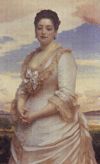





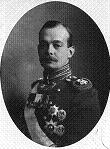

















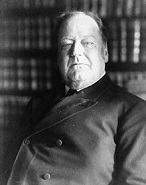




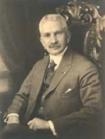










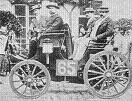
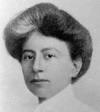
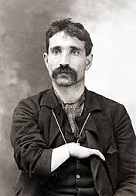
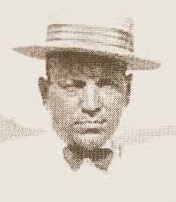
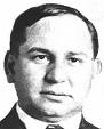
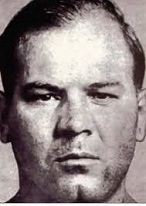








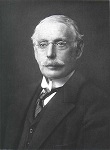

















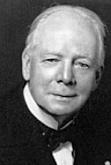



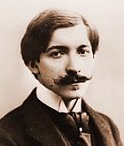










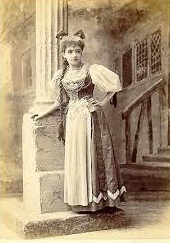
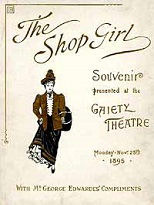
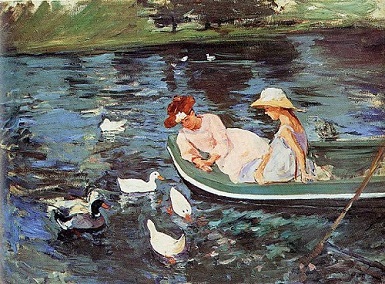

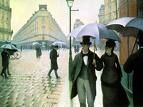





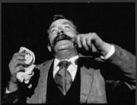




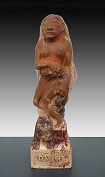
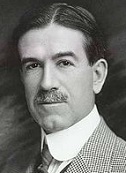
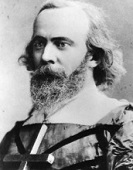
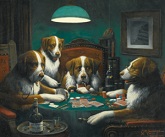
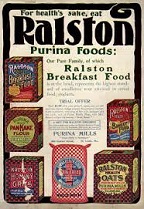

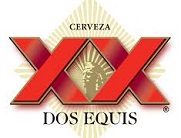
1894 In Jan. king (since 1868) Lobengula (b. 1845) of Matabeleland dies of smallpox, dysentery, or poison, but either way Cecil Rhodes has taken over, and by Oct. 1897 he has himself a new diamond-studded homeland for whitey, which he modestly names Rhodesia. In Jan.-Feb. fires in Chicago, Ill. partly destroy the remains of the 1893 Chicago World's Fair, causing the rest to be quickly torn down, except the Japanese Exhibit (which is torched by an arsonist in WWII) and the Fine Arts Bldg. On Feb. 7 after the Panic of 1893 frees silver miners to work in gold mines, and the owners lower the daily wage from $3 to $2.50/day and increase working hours from 8 to 10, the 5-mo. Cripple Creek Miner's Strike of 1894 by the Western Federation of Miners (WFM) (founded 1893) sees miners blow up the Strong Mine on Battle Mountain on May 24, after which the Colo. state militia is called out (first time for any state) in support of the workers to fight illegal state deputies on June 6, helping the strikers win a V over the owners; too bad, this only hardens the owners. On Feb. 12 after getting away with placing a time bomb at the HQ of the Carmaux Mining Co. on Rue des Bons-enfants on Nov. 8, 1892, killing five police officers who were trying to remove it, Spanish-born French anarchist Emile Henry (b. 1872) bombs Cafe Terminus near the Gare St. Lazare in revenge for the execution of Auguste Vaillant on Feb. 5 (for throwing a small bomb into the Chamber of Deputies and wounding several people to call attention to the plight of the poor), killing one and wounding 19, becoming the first modern terrorist attack on innocent civilians instead of the govt.; on May 21 after speaking out against the bourgeoisie at his trial, with the soundbyte "There are no innocent bourgeois", he is guillotined. On Feb. 22 Policarpo Bonilla (1858-1928) becomes pres. of Honduras (until Feb. 1, 1899). On Feb. 26 the Morgan Report, sponsored by the U.S. Congress finds all parties in the Hawaii overthrow of Jan. 1893 not guilty except Queen Liliuokalani. In Feb. Brown & Williamson Tobacco Co. is founded in Winston (modern-day Winston-Salem), N.C. by George T. Brown and his brother-in-law Robert Lynn Williamson; in 1927 they are acquired by British Am. Tobacco Co.; in 1929 they introduce Wings brand 10-cent cigarettes; in 1933 they introduce Kool brand menthol cigarettes are introduced, becoming the first popular menthol cigarettes, overtaking Spud brand, introduced in 1927 by Axton-Fisher Tobacco Co; in 1936 they introduce the low-cost Viceroy brand; in the early 1970s they introduce the Laredo brand do-it-yourself cigarette kit, which proves a dud and is discontinued; in 1978 and 1994, export and U.S. rights are acquired to Lucky Strike brand. On Mar. 2 British PM (since Aug. 15, 1892) (Liberal "Grand Old Man") William Ewart Gladstone (1809-98) resigns, and Queen Vicky, who doesn't like Liberals anyway selects an imperialistic Liberal, foreign secy. Archibald Philip Primrose, 5th Earl of Rosebery (1847-1929) (a horse-lover who quit college so he could own a horse, and vowed to marry an heiress, win the Derby and become PM, and already married Jewish banker Baron Mayer de Rothschild's daughter Hannah Rothschild (1851-90) in 1878 after she inherited his estate and became the richest woman in England, leaving him a well-fixed bisexual whose popularity "almost eclipsed royalty", and who's done it all, incl. winning the Derby this year and next) to replace him on Mar. 5 (until June 22, 1895), becoming the 3rd consecutive British PM to have attended Eton and Christ Church, Oxford (Gladstone, Salisbury) (next Balfour); after continuing to try to implement the Newcastle program, he doesn't last a year before resigning to go back to his horses and pretty boys? On Mar. 12 Coca-Cola narc, er, soft drink is first bottled by Biedenharn Candy Co. in Vicksburg, Miss., run by Joe Biedenharn, who sells it by the case; meanwhile the first syrup manufacturing plant outside Atlanta, Ga. opens in Dallas, Tex., and by next year it has addicts in every U.S. state and territory, causing two men from Tenn. to acquire exclusive U.S. rights to bottle and sell it in 1899 - enjoy thirst? On Mar. 12 lily white Thibodaux, La.-born former sugar cane plantation owner (Roman Catholic) Edward Douglass White Jr. (1845-1921) (Confed. soldier in the U.S. Civil War), a maternal relative of the Lee family of Va. becomes U.S. Supreme Court jutice #55 (until Dec. 18, 1910), bringing it back up to nine members. On Mar. 15 the Denver City Hall War begins after new (since Jan. 10, 1893) Colo. gov. Davis Hanson Waite attempts to dismantle Soapy Smith's corrupt machine in Denver, Colo., firing Jackson Orr and D.J. Martin from the Denver Fire and Police Board, who defy him and hole-up in city hall along with 300 other city officials, causing Waite to call out the state milia and federal troops, who are stopped from firing their two cannons and two Gatling guns by news that the Colo. Supreme Court has agreed to hear the case, ruling that the gov. has the power to remove the officials but can't use militia on them, after which the new officials begin passing laws ending his corruption permanently, and after Soapy and his bother Bascomb Smith are charged with attempted murder for the beating of a saloon mgr. they flee to Mexico, trying to swindle Porfirio Diaz by offering the services of a fake foreign legion headed by "Col." Smith before moving to the Klondike during the 1897 Kondike Gold Rush, getting chased out of Skagway and spending time in St. Louis, Mo. and Washington, D.C. before returning in Jan. 1898 to set up shop. On Apr. 26 Confucian teacher Chon Pong-jun (1854-95) becomes the leader of the growing Tonghak movement in Korea, which begins to win against govt. forces, causing the king on June 10 to call for help from the Chinese, who send 3K men, causing the Japanese to respond on June 25 with 8K men, who occupy Seoul, after which the two powers forget about the Tonghaks, starting the First Sino-Japanese War (ends 1895) on July 23 after Japan seizes the Kyongbok Palace, forces the Korean govt. to conclude an alliance with it on Aug. 26, and accept reforms incl. ending slavery and the class system, allowing commoners to adopt surnames; on Sept. 17 14 Chinese ships under Qing Beiyang Fleet Adm. Ding Ruchang (1836-95) (who is wounded along with other offices on the bridge from the first shot of his own vessel the Dingyuan) are defeated by 12 Japanese ships under Marshal Adm. Count Ito (Itoh) Sukeyuki (1843-1914) on the Yellow Sea in Korea Bay at the mouth of the Yalu River in the naval Battle of the Yalu River (largest naval battle of the war), with five Chinese ships sunk and three damaged vs. four Japanese ships damaged and no ships sunk, and 1.35K Chinese vs. 290 Japanese casualties; the Chinese suffer from corrupt munitions manufacturers who fill some of the shells with cement instead of high explosives; on Oct. 24 (night) 10K Japanese troops under field marshal Yamagata Aritomo (1838-1922) cross the Yalu River by pontoon bridge into S Manchuria, suprising 23K Chinese troops under Chinese gen. Sung Ching, and defeating them after a 3-hour battle, losing only four KIA and 140 wounded, after which the Japanese take the local capital of Antung (Dandong) in Liaoning Province, and divide forces, one group going after Port Arthur and the other Mukden; on Nov. 6 Kinchow (Jinxian) is captured, followed by the port of Dalian on Nov. 7; on Nov. 21 (midnight) the Battle (Massacre) of Lushunkou (Port Arthur) sees 15K Japanese troops attack and defeat 13K Chinese troops and capture the port by night, after which the Japanese enter the city, only to find Chinese soldiers dressed up as civilians sniping at them, pissing them off and causing them to round up and massacre adult males at will, ending with 4.5K Chinese killed vs. 29 Japanese; meanwhile the Tonghaks rise in rebellion, forming the Righteous Army (Uibyong), becoming the largest peasant uprising in Korean history (ends 1895). On Apr. 28 wealthy Penn.-born Socialist populist "General" Jacob Sechler Coxey Sr. (1854-1951) leads the ragtag 500-man Coxey's Army (Commonweal of Christ) of the unemployed to Washington, D.C., protesting unemployment and seeking legislation providing interest-free funds for roads to be built by the unemployed, arriving on Apr. 29, and on May 1 he is arrested for trespassing for walking on the grass before he can deliver his speech at the Capitol, being released on June 10 after being nominated for Congress in Ohio; after trying it again in 1914, he goes on to become mayor of Massillon, Ohio in 1931 and run for U.S. pres. On May 31 historian Albert Auguste Gabriel Hanotaux (1853-1944) becomes French minister of foreign affairs (until June 14, 1898), going on to work for a rapprochement with Russia and delimit the French colonies in Africa, while not trusting England as far as he can throw the Eiffel Tower, leading to the 1898 Fashoda Incident. On May 31 the U.S. Senate passes a resolution encouraging Hawaii to establish its own form of govt. On May 31 Harvard U. grads Prescott Farnsworth Hall (1868-1921), Charles Warren (1868-1954), Robert DeCourcy Ward (1867-1931) et al. found the Immigration Restriction League in Boston, Mass. to exclude immigrants from S and E Europe (Ireland, Italy, and Germany) for inferior "racial qualities" that are threatening their way of life incl. high wage scale; after introducing a bill to Congress on Apr. 8, 1918 to place numerical limits on immigration, it disbands after Hall's 1921 death. On June 24 French pres. (since 1887) Sadi Carnot (b. 1837) is stabbed in his carriage in Lyon by French anarchist Sante Geronimo Caserio (b. 1873), and dies on June 25, after which Caserio is guillotined on Aug. 16, his last words being "Courage comrades! Long live anarchy!"; on June 27 Left Republican Jean Paul Pierre Casimir-Perier (1847-1907) becomes pres. #5 of France (until Jan. 16, 1895). On June 25 steamship Norge sinks on Rockall Reef in the North Atlantic, killing 600. On June 28 pres. Grover Cleveland signs the U.S. Labor Day Act, making the first Monday in Sept. a legal holiday, "devoted to no man... to no sect, race, or nation" (Samuel Gompers) - especially that uppity General Coxey? In the summer an Armenian uprising begins in Sasun in E Anatolia (S Armenia), which is brutally put down by Kurdish Hamidiye troops in the Hamidian (Hamidiyean) Massacre (1894-6), causing an outcry in Europe; Sultan Abdul Hamid II officially denies any massacres, which continue until 1896, killing 200K and causing 100K to emigrate to the U.S. and the Caucasus. On July 4 the Provisional Govt. of Hawaii is replaced by the Repub. of Hawaii (ends Aug. 12, 1898), with its own sugar-grower-written U.S.-style (with property qualifications for voters) 1894 Hawaii Constitution is proclaimed, naming Sanford B. Dole as pres. #1, while next Jan. 9 Queen Liliuokalani reluctantly abdicates - black is black, I want my island back? On July 4 Elwood Haynes (1857-1925) successfully tests the first American-made automobile (buggyaut, quadricycle) at the Apperson wagon works in Kokomo, Ind., and patents it. After winning a strike on the Great Northern Railway, the Am. Railway Union of Eugene Victor Debs (1855-1926) backs the poorly-paid Pullman workers (catching Mr. Pullman asleep at the switch?), tying up all rail transportation in Ill., causing U.S. atty.-gen. #40 (1893-5) Richard Olney (1835-1917), backed by Pres. Cleveland to stink up the U.S. govt. by getting writs of injunction from federal courts forbidding them from acts of violence, then sending U.S. troops in to keep the trains running, supposedly to keep the U.S. mail going; German-born liberal Bryan-backing Ill. gov. (1893-7) John Peter Altgeld (1847-1902) protests to Pres. Cleveland that his state militia has the case under control and federal troops aren't called for, but gets widely condemned as radical as Clevie Baby steamrolls in the new federal power of "government by injunction"; in July after being arrested on a phony murder conspiracy charge, Debs (along with other union officials) is arrested for violating an injunction, and Debs gets 6 mo. in Woodstock jail for contempt, where he is visited by Victor Berger and given Marx's "Das Kapital", becoming a Marxist-Socialist. On Aug. 18 the U.S. Congress establishes the Bureau of Immigration. Dirty deeds and they're done dirt cheap, with your money? On Aug. 27 the U.S. Wilson-Gorman Tariff Act is passed, reducing only slightly the high rates of the 1890 McKinley Tariff due to the Senate adding 600+ amendments, betraying Pres. Cleveland's intentions of tariff reform, and causing him to call its passage "party perfidy and party dishonor"; Cleveland lets it become law without his signature; some Illuminati, er, wiseguy slips in a 2% income tax to make up for it; not so fast there, next Apr. 8 the U.S. Supreme Court rules 5-4 in Pollock v. Farmers' Loan and Trust Co. that the income tax is unconstitutional because it is a direct tax, not one proportioned to each state's pop., making a constitutional amendment mandatory; it takes until 1913. In Aug. the South African Glen Grey Act provides for African self-govt., with black voters required to pass property and educational tests, forcing Xhosa men into employment - to prove they aren't apes? On Sept. 1 the Hinckley Forest Fire in Minn. burns 480 sq. mi., destroying six towns and killing 480. On Oct. 29 aging former liberal PM of Bavaria (1866-70) Prince Chlodwig Carl Viktor of Hohenlohe-Schillingsfurst (Hohenlohe-Schillingsfürst, Ratibor and Corvey) (1819-1901) becomes chancellor and PM of Prussia (until Oct. 17, 1900), going on to remain in the background and leave affairs to his secys. Gas-ex, the pressure's off? On Nov. 1 Russian tsar (since Mar. 13, 1881) Alexander III (b. 1845) dies, and his eldest son Nicholas II (1868-1918) (whose portrait bears a striking resemblance to Dr. Seuss' Cat in the Hat?) becomes Russian Romanov tsar #18 (last) (until Mar. 15, 1917), signing a military agreement with France; on Nov. 14 he marries his hemophilia-carrying relative (also related to the British and every other inbred royal house of Europe by now?) Princess Viktoria Alix Helena Luise Beatrice of Hessen and Darmstadt (Alix of Hesse and by Rhine) (1872-1918) (who converts from Lutheran to Russian Orthodox and becomes Tsarina Alexandra Feodorovna Romanova, followed by St. Alexandra the Passion Bearer in 2000) in the Winter Palace in St. Petersburg, breaking the heart of his jello-fruit-passions lover, St. Petersburg ballerina (who likes to bet on #17 in Monte Carlo) Matilda Kshesinskaya (Kschessinskaya) (1872-1971), causing her to get even by hooking up with his cousin Grand Duke Andrei Vladimirovich (1879-1956), having his baby Vladimir, then in the 1920s after fleeing to Paris marrying him; Alexandra accompanies the dead tsar's coffin to St. Petersburg, causing the crowd to murmur "She comes to us behind a coffin" - does she wear a tarlatan or tulle tutu? On Dec. 12 Sir John Thompson (b. 1845) dies suddenly in Windsor Castle in England, and on Dec. 21 Conservative Sen. Sir Mackenzie Bowell (1823-1917) is appointed PM #5 of Canada (until Apr. 27, 1896); the 2nd Mackenzie. On Dec. 12 after invading Madagascar in 1883 to protect their alleged territory, forcing them to sign the Treaty of Tamatave in Jan. 1886, ceding Antsiranana and paying a fine of 10M francs, the Second Franco-Hova (Franco-Malagasy) War (ends Sept. 1895) sees the Frogs invade Madagascar, landing on the far coast at Majunga and taking Tamatave, then take 6K deaths from malaria to sneak up on Antananarivo in late Sept., losing only 20 soldiers in the fighting, then exile PM Rainilaiarivony, who dies next year; Queen Ranavalona III is permitted to stay, but after the French declare the island a French colony next Aug., causing a revolt, they depose and exile her on Feb. 28, 1897 to Reunion, then in Mar. 1899 to Algiers for life (1917), making French gen. Joseph Simon Gallieni (1849-1916) a villain in Madagascar. On Dec. 15 the First Italo-Ethiopian War begins with the Battle of Halai (Halay), which is an Italian V, after which the Italians occupy Adwa. Nicaragua, supported by the U.S. invades the British kingdom of Mosquitia in San Juan del Norte (Greytown), Nicaragua (founded 1848) and swats it like a you know what - pelicans are supposed to eat fish not what? The British govt. announces the halt of indentured emigration from India. Bulgarian dictator-PM (since 1887) Stefan Stambulov (b. 1854) resigns after failing to get Ferdinand I recognized by the Euro powers, then is assassinated next year. The 20th century's problem with Jews doesn't wait for the starting gun? The Dreyfus Affair stinks up France after French Jewish military officer Capt. Alfred Dreyfus (1859-1935) is framed for treason (selling secret military info. to the Germans) and convicted "in camera" by royalist anti-republican officers, then stripped of rank and his sword broken, and made into an example of traitors in the republican govt. in an attempt to discredit it; it takes until 1906 for him to be released from priz; (near fear, the Jewish PC press is here?) French Jewish deputy Joseph Reinach (1856-1921) (oldest of the three famous Reinach archeologist brothers, and a former assoc. of Leon Gambetta) champions Dreyfus' cause, only to be criticized for defending him only because they are both Jews, causing him to lose his seat in the chamber of deputies; Austrian-Hungarian-born Jew Theodor Herzl (1860-1904), Paris correspondent for the Vienna Neue Freie Presse covers the story, causing him to freak and abandon the idea of gradual assimilation of Jews like him into Christian Europe, predict a future Holocaust and begin advocating a separate Jewish state, founding let's-have-our-own-Jewish-state Zionism; he ends up predicting a Holocaust 33 times in his writings, making him a genuine Jewish prophet? Alexander I Obrenovich of Serbia suspends the liberal 1888 constitution, annuls a series of laws passed by the radical govt., adding to his unpopularity by marrying commoner Madame Draga Mashin. Shanghai-born Methodist missionary Charles Jones "Charlie" Soong (1863-1918) meets Sun Yat-Sen in a Methodist church in Shanghai, backing his anti-Manchu activities then fleeing China next year after an attempted uprising fails, with Sun staying behind because he kept his name out of it; Soong goes on to have children Ai-Ling, Ching-Ling, and May-Ling, who are educated in the U.S.; in 1912 Ching-Ling travels to China just as Sun's republic collapses, and flees with him to Tokyo, engaging in an illicit romance that pisses-off daddy Charlie, who disowns her and breaks all ties with Sun. Dr. Leander Starr Jameson leads a white occupation of kingless Matabeleland. Just when he's picking up steam with his new Independent Labour Party, an explosion at a colliery in Pontypridd, Wales kills 251 miners, and British MP James Keir Hardy asks that a message of condolence to the victims be added to a congratulatory address on the birth of royal heir Prince Edward (later Edward VIII), which is refused, after which he gives a speech attacking the monarchy, bringing on an uproar which loses him his seat next year. After futile attempts at resistance by the natives, the British Protectorate of Uganda is founded by the British (until 1962), ending the 14th cent. Kingdom of Buganda, becoming a major producer of cotton and coffee. After futile attempts at resistance by the natives, the British annex the spectacular coastal wonderland of Pondoland, connecting Cape Colony and Natal on the Indian Ocean. Chlodwig, Prince Hohenlohe (Hohenlohe-Schillingsfurst) (1819-1901) succeeds Count Caprivi as German chancellor (until Oct. 17, 1900); Germany and Russia sign a commercial treaty. The Ethnike (Ethniké) Hetaeria (Hetairia) (Gr. "nat. assoc."), a secret anti-Turkish military society is founded in Greece to kick Turkey out of "its" occupied provinces, esp. Crete. New Zealand enacts the first known minimum wage law. Britain passes the Spencer Program, providing £31M more funding for naval shipbuilding, keeping the naval arms race with France and Russia going and causing the U.S. and Germany to join. The 400+-page Merchant Shipping Act finally makes crimping (forced naval service) illegal in Britain. Geronimo and his family, barred from returning to their homeland are moved to Ft. Sill in Okla., and Big G goes on to become a celeb, appearing at fairs and signing photos of his jive self. The 1.55K-ton screw sloop USS Kearsarge, which sank the Confederate raider Alabama in 1864 is lost in the West Indies, and by popular demand its name is given to one of the new U.S. battleships, becoming the only battleship not named after a state. Inheritance taxes (death duties) are introduced in Britain. The town of Severance, Colo. (modern-day pop. 597) gets its first post office, becoming known for Bruce's Bar, which serves plates of genuine Rocky Mountain oysters (fried bulls balls). The Genealogical Society of Utah is founded on Nov. 13, by the LDS (Mormon) Church, working out of the Family History Library in Salt Lake City, Utah, going on to become the largest genealogical society on Earth. Anglo-Norwegian explorer Carsten Egeberg Borchgrevink (1864-1934) begins exploring the Antarctic, visiting the mainland; in 1898 he leads an Antarctic expedition (ends 1900), which becomes the first party to winter on the Antarctic continent and sets a record for S latitude. Swedish explorer Sven Anders Hedin (1865-1952) begins the first of three expeditions in C Asia (ends 1908), visiting Chinese Turkestan and Tibet, becoming the last person to receive a Swedish knighthood in 1902. The Nat. Municipal (later Civic) League is founded in Philadelphia, Penn. by Theodore Roosevelt, Charles Joseph Napoleon, Louis Brandeis, Marshall Field, Frederick Law Olmsted et al. to plan the future development of U.S. cities - and their demographic makeup? Sicilian-born Giuseppe "the Old Fox" Morello (1867-1930), known as "Clutch Hand" for his deformed 1-finger right hand emigrates to New York City, founding the Morello crime family (AKA the 107th Street Mob) based in Italian Harlem in East Harlem, Lower East Side, Manhattan, N.Y., becoming known for barrel murders and going on to defeat the rival Neapolitan Camorra in Brooklyn and become New York City's first capo di tutti capi (boss of bosses); in 1909 he is imprisoned in Atlanta Federal Penitentiary for counterfeiting, and in 1910 his captain, Silician-born Salvatore "Toto" D'Aquila (1873-1928) leaves the Morello crime family and forms his own, eventually becoming the new boss of bosses, operating from East Harlem and the Bronx and expanding into Brooklyn and Little Italy in Lower East Side, Manhattan, ordering Morello murdered after his 1920 release and return to New York City, causing him to join up with Sicilian-born Giuseppe "Joe the Boss" Masseria (1886-1931) ("the man who can dodge bullets") as his consiglieri (war chief), while Masseria survives assassination attempts by D'Aquila's Sicilian-born hitman Umberto "the Ghost" Valenti (1891-1922) on May 8, May 10, and Aug. 9, 1922 until he is ambushed and killed by Lucky Luciano and Morello on Aug. 11, 1922, after which D'Aquila struggles, losing associates Saverio "Sam" Pollacia (defects to Masseria), Joseph Lonardo (-1927) (murdered on Oct. 13, 1927), and Frankie Yale (-1928) (murdered in July 1928), moving to the Bronx across from the Bronx Zoo in 1925 and hanging on until his Oct. 10, 1928 assassination in Manhattan, after which his underboss Alfred Manfredi "Al" Mineo (1880-1930) becomes boss of the D'Aquila crime family, which later becomes the Gambino crime family; meanwhile Morello flourishes until the Castellammarese War starts in 1929, after which he is murdered on Aug. 15, 1930 by "Buster from Chicago" (Sebastiano Domingo), according to informer Joseph Valachi (it was really him?). Easton, Penn.-born James McKeen Cattell (1860-1944) and Columbia, S.C.-born James Mark Baldwin (1861-1934) found the Psychological Review to compete with the Am. Journal of Psychology (1887); Cattell goes on to make psychology into a respectable academic discipline, the NYT calling him "the Dean of American Science"; too bad, his opposition to U.S. involvement in WWII gets him fired from Columbia U., causing U.S. univs. to establish tenure. The Church of the Higher Life in Boston, Mass. is founded by Helen Van Anderson, becoming the first regular New Thought org. Famous Am. writer Mark Twain (1835-1910), despite earning as much as $250K year since 1880, declares bankruptcy, going on a world tour next year to pay off his debts, and receiving help from Standard Oil exec Henry Huttleston Rogers (1840-1909). The term "red-light district" is coined by The Sentinel of Milwaukee, Wisc. - causing a run on red lights at the light store? The U. of Tulsa in Okla. is founded. Billboard (originally Billboard Advertising) mag. is founded in Cincinnati, Ohio to cover the bill posting industry; it begins covering movies in 1909 and radio in the 1920s; on Jan. 4, 1936 it pub. the first Billboard music hit parade; on July 20, 1940 it pub. its first music popularity chart, followed in 1958 by the Hot 100; in 1961-2005 it is devoted entirely to music. Thomas Edison opens his Kinetoscope Parlor in New York City, and starts out with Fred Ott's Sneeze (Jan. 7) and Fred Ott Holding a Bird, starring mechanic Frederick P. Ott (1860-1936). French animal painter Rosa Bonheur (1822-99) ("The Horse Fair", "Deer in the Forest", "Weaning the Calves", etc.) becomes the first woman to win the grand cross of the French Legion of Honor. Ziegfeld's Follies, a combo of song, dance, and comedy opens on Broadway in Longacre Square (Broadway and 42nd). The Impressionist paintings of Gustave Caillebotte (1848-94) are rejected by the Musee Luxembourg in Paris - making them more popular? German "tortured imagination" painter Max Klinger (1857-1920) switches to sculpture, going on to make statues of Beethoven, Nietzsche, Brahms, and Wagner. John Quincy Adams' grandson Henry Brooks Adams (1838-1918), prof. of history at Harvard U. (whose portrait bears a striking resemblance to Am. comedian Dick Smothers (1939-)?) becomes pres. of the Am. Historical Assoc., giving an inaugural address on the increasing interest in the philosophy of history, which in retrospect is weird because he ends up claiming that history is devoid of purpose?; his railroad official brother (pres. of the Union Pacific Railroad in 1884-90) Charles Francis Adams Jr. (1835-1915) (whose portrait bears a striking resemblance to Am. comedian Tom Smothers (1937-)?), becomes pres. of the AHA in 1901. After Columbia U. won't admit her, New York City-born Margaret Floy Washburn (1871-1939) (student of James McKeen Cattell and Edward B. Titchener) becomes the first woman to be granted a Ph.D. in psychology (at Cornell U.). The weekly Christian Socialist journal The New Age begins pub. (until 1922); in 1907 it is sold to Alfred Richard Orage and Holbrook Jackson, going on to pioneer Vorticism and Imagism; after Orage meets P.D. Ouspensky in 1914, it begins focusing on Spiritualism. The 40th anniv. of the writing career of German novelist Wilhelm Raabe (1831-1910) is celebrated by the German nation. The Yellow Book, founded by Charles Elkin Mathews (1851-1921) and John Lane (1854-1925), and edited by Am.-born Henry Harland (1861-1905) begins pub. (ends 1897), becoming a key British lit. periodical, its yellow cover later giving rise to the term "Yellow 1890s of Aestheticism and Decadence", and mentioned in Oscar Wilde's "Picture of Dorian Gray". Former Edison employee Edward Hill Amet (1860-1948) invents the portable Magniscope movie projector, teaming up with Waukegan, Ill. theater mgr. (former Chicago newspaper vendor) George Kirke Spoor (1872-1953) and selling it to several major movie theaters, cranking out a series of war films incl. bathtub naval battles; he ceases production of the Magniscope in 1900 after the release of the Selig Polyscope, selling out to Spoor, who founds the Nat. Film Renting Co., distributing projectors and films to theaters nationwide; employees incl. Donald Joseph Bell (1869-1934) and Albert Summers Howell (1879-1951), who on Feb. 17, 1907 found Bell & Howell Co. in Skokie, Ill., introducing an all-metal camera in 1912 that helps to make 35mm film the industry std., introducing a home movie camera in the 1920s, reaching 500 employees and $1M sales by 1925. The Bata Shoe Co. is founded in Zlin, Czech. by Tomas Bata (1876-1932), going on to supply the Austro-Hungarian army in WWI; by 1932 it produces 75K pairs a day. Purina Mills is founded in St. Louis, Mo. by William H. Danforth (1870-1955) to produce animal and pet food incl. Purina Cat Chow, Purina Dog Chow, Purina Horse Chow, Purina Monkey Chow, Purina Pig Chow, Purina Rabbit Chow et al.; in 1898 after Albert Webster Edgerly (1852-1926) founds the kooky white supremacist Ralstonism Movement (Regime, Activity, Light, Strength, Temperation, Oxygen, Nature) in Ralston Heights (Hopewell), N.J., which advocates eating of whole grain cereal along with castration of non-Caucasians, and prohibits Caucasians from eating watermelon, they expand to whole wheat breakfast cereals, changing their name in 1902 to Ralston-Purina Co.; in 1937 they introduce Chex brand cereal (Wheat Chex, Rice Chex, Bran Chex), which later uses chars. from Charles M. Schulz's "Peanuts" comic strip in it ads, and is sold to Gen. Mills in 1997; in 1953 Danforth pub. I Dare You!, which expounds his Checkerboard Philosophy: Physical, Mental, Social, Religious.; in 1963-8 it owns Van Camp Sea Food Co., makers of Chicken of the Sea brand tuna; in 1968-85 it owns Jack in the Box fast food restaurants; in 1986 Purina Mills (U.S. business only) is sold to British Petroleum (BP), which sells it to Land O'Lakes; in 1986 Ralston Purina acquires Eveready Battery Co. and Continental Baking Co.; in 1994 the Ralston business becomes Ralcorp Holdings; in 2001 the internat. Purina business is sold to Cargill; in 2001 Ralston Purina merges with Nestle. Beatrice Creamery Co. in Beatrice, Neb. is founded by George Everett Haskell and William W. Bosworth, leasing 50K hand cream separators to farmers by 1905, which they pay for from their cream sales proceeds; after moving to Chicago in 1913, it goes on to become the #1 U.S. dairy co., with the Meadow Gold brand; after overextending with Avis Rent A Car, Playtex, Tropicana et al. it ends up the target of the largest leveraged buyout in history in 1986 ($8.7B). The Ontario Brewers' and Maltsters' Assoc. is founded in Canada; by next year there are 128 breweries in Canada, producing 17.6M gal., incl. 69 in Ontario, 21 in British Columbia, 19 in Quebec, 9 in Manitoba, 5 in Nova Scotia, 3 in New Brunswick, and 1 in Prince Edward Island; the only tax on breweries beside a $50/year license is 2 cents/lb. on malt, which began in 1890. Wilhelm Hasse of the Moctezuma Brewery in Mexico creates Siglo XX (20th Century) brand beer, later called Dos Equis; in 2006-16 they run the Most Interesting Man in the World ad campaign. Salesman James Couden paints the first "Drink Coca-Cola" sign on the wall of the Young Brothers Pharmacy in Cartersville, Ga. for free in reurn for selling the beverage. Sports: In the winter of 1894-5 a group of U.S. college students visit Canada and bring the game of hockey to the U.S. On Jan. 5-Mar. 10 the 1894 Amateur Hockey Assoc. of Canada (AHAC) Season sees the Montreal Hockey Club and Ottawa Hockey Club tie 5-3, after which the Stanley Cup playoff game on Mar. 17 sees the Montreal Hockey Club win by 3-2, defending their title on Mar. 22 with a 3-1 win over the Ottawa Hockey Club. On Feb. 9 the North Am. Jockey Club is founded n New York City, going on to regulate U.S. horse racing and fight organized crime and corruption at racetracks; there are 314 racetracks operating in the U.S., which is down to 25 by 1908 after anti-gambling sentiment causes horseracing to be banned in virtually every state. On May 30 Robert Lincoln "Bobby" "Link" Lowe (1865-1951) hits four straight homers in consecutive at-bats for the Boston Beaneaters against Cincinnati; next time is July 13, 1896 by Ed Delahanty; Lowe is present when Lou Gehrig repeats the feat on June 3, 1932; repeated by Rocky Colavito on June 10, 1959, Mike Schmidt on Apr. 17, 1976, Mike Cameron on May 2, 2002, and Carlos Delgado on Sept. 25, 2003; no ML player hits more than four homers in consecutive at-bats until ? On June 22 the first Automobile Race (really a reliability trial) is held from Paris to Rouen and back (80 mi.), and is won in 5 hours by French automaker De Dion-Bouton in a steam engine car going an avg. of 17 mph. On June 23 Paris, France-born Baron Pierre de Fredy (Frédy), Baron de Coubertin (1863-1937) holds an internat. congress at the Sorbonne in Paris to resurrect the ancient Greek Olympics, and founds the Internat. Olympic Committee (IOC) - if this Millennium doesn't bring Christ back, it's time to give the ancient pagans another chance? On July 22 after sponsoring the Paris-Brest-Paris cycle race in 1891, and the Paris-Belfort running race in 1892, the 5K-franc Paris-Rouen Horseless Carriage Competition, sponsored by Pierre Giffard (1853-1922) of Le Petit Journal, the world's first competitive motor race (although the ad says "it will not be a race") is preceded by four days of exhibitions and qualifying events in front of large crowds is won by Marquis Jules Albert de Dion (1856-1946), who is disqualified because his steam vehicle needed a "stoker", making the winner Albert (Georges) Lemaitre (1864-1906) in his 3hp Peugeot Type 7. On Sept. 27 Aqueduct Racetrack (AKA the Big A) for horseracing opens in Queens, N.Y. near a conduit of the Brooklyn Water Works that carries water from Long Island to the Ridgewood Reservoir. Morris Park Racecourse in Westchester County, N.Y. opens for thoroughbred horseracing, hosting the Belmont Stakes; next year it hosts the Preakness Stakes; in 1895 Bronx annexes it, and it becomes Morris Park; it closes in 1904. The Edmonton Hockey Club in Canada is founded, consisting of the elite Thistles and junior Stars, made up mostly of Scottish players; after the Thistles play a series against the Mounties from Ft. Saskatchewan in 1895, the Stars first play the South Edmonton Shamrocks on Jan. 1896, and the Thistles first play the Shamrocks on Jan. 31, 1896, they are officially organized on Nov. 20, 1896; at first playing games on the North Saskatechewan River, they soon move into the Thistle Rink (cap. 2K), which burns down in 1912; they fold in 1910. The Railway Stakes Thoroughbred horserace is founded at Ascot Racecourse in Perth, Australia; by 2007 prize money reaches $1M. Emanuel Lasker (1868-1941) of Germany defeats Wilhelm Steinitz of the U.S. to win become world chess champ #2 (until 1921). While guest-lecturing at Stanford U., Pres. Benjamin Harrison slips into a college baseball game without paying the 25 cent admission, and 19-y.-o. student home team mgr. Herbert Hoover (future pres.) catches him and makes him pay up - brother, spare a dime? Hugh Duffy (1866-1954) of the Boston Beaneaters (1892-1900), sets the ML batting avg. record with a .438 avg. incl. 18 homers and 145 RBI; meanwhile William Robert "Sliding Billy" Hamilton (1866-1940) of the Philadelphia Phillies (1890-5) scores a ML record of 192 runs scored, and hits over .400 (.404) with fellow outfielders Samuel Luther "Big Sam" Thompson (1860-1922) (.407), Edward James "Big Ed" Delahanty (1867-1903) (.407), and George A. "Tuck" Turner (1873-1945) (.416) becoming the first all-.400-hitting outfield (until ?); Thompson ends his career in 1906 with the Detroit Tigers with a .331 career batting avg., and a record RBIs/games played ratio of .923, which is not broken until ? The North Avenue Ice Palace in Baltimore, Md. opens, becoming the first ice rink in North Am. utilizing a mechanically-frozen ice surface. After James Naismith asks Albert Goodwill Spalding (1850-1915) of Spalding Sports in Chicago, Ill. (founded 1876) to do it, they produce their first basketballs, which go on to become the official balls of the NBA until 1977, when Rawlings of St. Louis, Mo. (founded 1887) takes over. Architecture: The Grand Opera House in Galveston, Tex. is built, surviving the 1900 hurricane. Lowell Observatory in Flagstaff, Ariz. is built. Tower Bridge downstream of London Bridge on the Thames River in London is built, with a double-leaf bascules providing a 250-ft. opening between its twin towers; the stairway has almost 300 steps. Inventions: On Aug. 2 after London-born Anglo-Irish inventor Sir Charles Algernon Parsons (1854-1931) invents the modern compound steam turbine in 1884, his steamship Turbinia ("the Ocean Greyhound") is launched, becoming the first steam turbine-powered steamship, and the world's fastest ship (until ?) (34 knots), paving the way for the next generation of steamships incl. the dreadnoughts after the cavitation problem is solved by the cavitation tunnel. Ransom Eli Olds (1864-1950) produces the first 3-hp steam-powered Oldsmobile, beating Henry Ford by two years; by 1899 he is producing 400 cars a year. The Holland Brothers open the first Kinetoscope movie parlor in New York City, selling tickets at 25 cents to see 5 of 10 choices; meanwhile William Dickson of Edison Labs combines sound and film for the first time, while Edison Studios produces films featuring famous German strongman Eugen Sandow (1867-1925), plus the Sioux Ghost Dance and Buffalo Dance. Henri-Alexander Deslandres (1853-1948) invents the Spectroheliograph. Simon Lake (1866-1945) develops the first modern submarine, the Argonaut Jr. German "Glider King" Otto Lilienthal (1848-96) files for a patent on a triangle control frame hang glider, the Derwitzer, going on 2K+ flights and learning how to hover against a 10 mph updraft, inspiring the Wright Brothers. Sir Oliver Joseph Lodge (1851-1940) of England invents the Coherer for detecting radio signals, becoming a big breakthrough for vacuum tube technology. Serbian-born Am. physicist Michael Idvorsky (Mihajlo Idvorski) Pupin (1858-1935) invents the Pupin Loading Coil, which greatly extends the range of long distance telephones by adding distributed inductance to the line; the patent is later acquired by AT&T. Science: The bacillus Pasteurella pestis (Yersinia pestis) that causes the bubonic plague (Black Death) is discovered independently by Kitasato Shibasaburo (1853-1931) of Japan and Alexandre Emile Jean Yersin (1863-1943) of Russia. Dmitry Mendeleev of Russia discovers that vodka is best when formulated to exactly 80 proof (40% alcohol), becoming the std. for modern vodka. Nonfiction: Ephraim Douglass Adams (1865-1930), The Control of the Purse in the United States Government (first book). Hermann Bahr (1863-1934), Symbolisten. John Bartlett (1820-1905), Complete Concordance to Shakespeare's Dramatic Works and Poems. Gustave Le Bon (1841-1931), The Psychology of Peoples. Charles Booth (1840-1916), The Aged Poor in England and Wales. Charles Augustus Briggs (1841-1913), The Messiah of the Gospels; The Messiah of the Apostles. John Burroughs (1837-1921), Riverby. Katharine Coman (1857-1915), The Growth of the English Nation. John Rogers Commons (1862-1945), Social Reform and the Church. Moncure D. Conway (1832-1907), The Writings of Thomas Paine (2 vols.) (1894-6). Hans Delbruck (1848-1929), Life of Marshal-Counts Neithardt von Gneisenau. Henry Drummond (1851-97), The Ascent of Man (Lowell Lectures, Boston); altruism is needed in natural selection? Alice Morse Earl (ed.), The Diary of Anna Green Winslow, A Boston School Girl of 1771. Richard T. Ely (1854-1943), Socialism: An Examination of Its Nature, Its Strength and Its Weakness; Socialism and Social Reform. Frederick William Farrar (1831-1903), The Life of Christ as Represented in Art; blames the Spanish Inquisition for ruining religious art, and praises the English Pre-Raphaelites for bringing back the good stuff. Leo Frobenius (1873-1938), Die Geheimbunde Afrikas. Hamlin Garland (1860-1940), Crumbling Idols. James Geikie (1839-1915), The Great Ice Age and Its Relation to the Antiquity of Man. Ernst Haeckel (1834-1919), Die Systematische Phylogenie. Lafcadio Hearn (1850-1904), Glimpses of Unfamiliar Japan. William Hechler (1845-1931), The Restoration of the Jews to Palestine; Anglican priest predicts it will happen in 1897-8; meets Theodor Herzl in Mar. 1896 right before the 1897 First Zionist Congress. William Ernest Henley et al., A Dictionary of Slang and Its Analogues (1894-1904). Nicolae Iorga (1871-1940), Despre conceptia actuala a istoriei si geneza ei; "History is the systematic exposition, free from all unrelated purpose, of facts irrespective of their nature, methodically acquired, through which human activity manifested itself, irrespective of place and time." Benjamin Kidd (1858-1916), Social Revolution. John Knox Laughton (1830-1915), State Papers Relating to the Defeat of the Spanish Armada, Anno 1588. Henry Demarest Lloyd (1847-1903), Wealth Against Commonwealth; expose of corporate dirty laundry and attack on monopolies. Joseph Norman Lockyer (1836-1920), The Dawn of Astronomy. Orison Swett Marden (1850-1924), Pushing to the Front, or Success Under Difficulties, or Success Under Difficulties; biggest bestseller to date in personal development despite (because of?) a depression, with fans incl. Thomas Edison, Harvey Firestone, Henry Ford, and J.P. Morgan; "go-at-it-veness" and "stick-to-it-iveness"; "The world makes way for a determined man." Karl Marx (1818-83) and Friedrich Engels (1820-95), Das Kapital, Vol. 3: The Process of Capitalist Production as a Whole (posth.); the most important volume? Gaston Maspero (1846-1916), Les Inscriptions des Pyramides de Saqaarah. James Mooney (1861-1921), Siouan Tribes of the East; Native American Ghost Dance Songs. Thomas Mun, England's Treasure by Foreign Trade. Wilhelm Ostwald (1853-1932), The Scientific Bases of Analytical Chemistry; founds modern physical chemistry. Austin Norman Palmer (1860-1927), Palmer's Guide to Business Writing; bestseller (1M copies); introduces the Palmer Method of penmanship, developed in 1888, which goes on to supplant the Spencerian Method of the 1840s; advocates "muscle motion", i.e., using the proximal muscles of the arm rather than the fingers to move while writing, allowing speeds rivaling a typewriter to be achieved; students practice looping circles, causing the Palmer Scan to be coined for a circular antenna sweep in radar engineering. Charles Ranhofer (1836-99), The Epicurean; 1K-page encyclopedic cookbook. Agnes Repplier (1855-1950), In the Dozy Hours. Rudolf Steiner (1861-1925), The Philosophy of Freedom. Eduard Strasburger (1844-1912), Lehrbuch der Botanik fur Hochschulen (Textbook of Botany); becomes std. textbook. Leo Tolstoy (1828-1910)), The Kingdom of God Is Within You; pub. in Germany after being banned in Russia; a new org. for society based on the Christian concept of universal love. Beatrice Webb (1858-1943) and Sidney Webb (1859-1947), History of Trade Unionism. Philip Henry Wicksteed (1844-1927), An Essay on the Coordination of the Laws of Distribution; an attempted mathematical proof that a distributive system that rewards factory owners according to marginal productivity will exhaust the total product produced. Movies: William Kennedy Dickson (1860-1935), Two Men Dancing (First Experimental Sound Film) (Edison Studios) (Sept.); first synchronized sound film; first depiction of homosexuality in film?; Dickson plays the violin, becoming the first film where the dir. appears on film. Lumiere Brothers, The Serpentine Dance; stars Annabelle. Music: Sir Granville Bantock (1868-1946), The Pearl of Iran, A Romantic Opera; libretto by composer. Claude Debussy (1862-1918), Prelude to the Afternoon of a Faun (Prelude a l'Apres-midi d'un Faune) (based on a poem by Stephane Mallarme) (Dec. 22) (Paris). Antonin Dvorak (1841-1904), Humoresques, Op. 101, the most famous short piano piece after Beethoven's "Fur Elise"; listen. Cesar Franck (1822-90), Hulda (opera) (posth.) Victor Herbert (1859-1924), 2nd Cello Concerto in E minor, Op. 30 (Mar.) (New York Philharmonic); Prince Ananias (operetta). Mikhail Ippolitov-Ivanov (1859-1935), Caucasian Sketches, Op. 10; incl. Procession of the Sardar. Stanley Lane-Poole (1854-1931), The Mohammedan Dynasties: Chronological and Genealogical Tables with Historical Introductions. Gustav Mahler (1860-1911), Symphony No. 2 ("Resurrection"); 80-min. 5-movement score attempting to capture the travail of human existence and ultimate salvation through God's love? Jules Massenet (1842-1912), Thais (Thaïs) (opera) (Opera Garnier, Paris) (Mar. 16); based on the Anatole France novel; stars Sybil Sanderson as pagan Alexandrian babe Thais, who Cenobite Christian monk Athanael (Jean-Francois Delmas) tries to convert to Christianity, only to get tripped up by lust; incl. the super-popular Meditation from Thais. Andre Messager (1853-1929), Mirette (operetta) (Savoy Theatre, London). Sergei Rachmaninoff (1873-1943), Prelude in C-sharp minor, Op. 3 no. 2. Max von Schillings (1868-1933), Ingwelde (opera). Richard Strauss (1864-1949), Guntram (opera) (May 10) (Weimar); incl. the famous Guntram Finale. Art: Aubrey Vincent Beardsley (1872-98), Drawings for Oscar Wilde's "Salome"; incl. The Toilet of Salome, Herodias and Salome. Mary Cassatt (1844-1926), Summertime. Paul Cezanne (1839-1906), Femme au Chapeau Vert (Woman in a Green Hat). Cassius Marcellus Coolidge (1844-1934), Poker Game; first of 18 oil paintings titled "Dogs Playing Poker" (1894-1910); 16 are commissioned in 1903 by Brown & Bigelow to advertise their cigars; auctioned for $658K by Sotheby's on Nov. 18, 2015. Matthew Corbett, Morning Glory. Edgar Degas (1834-1917), Femme a son toilette. Paul Gaugin (1848-1903), Oviri (ceramic sculpture); the Tahitian goddess of mourning shown coddling wolves. George Inness (1825-94), Summer Landscape. Franz von Lenbach (1836-1904), Portrait of Richard Wagner; them genius eyes? Georges Rouault (1871-1958), Infant Jesus among the Doctors; brings him instant fame. Charles Marion Russell (1864-1926), Indians Herding Horses Across River (20.5" x 33"); Piegans and Crows stealing horses in the Judith Basin. Marie Spartali Stillman (1844-1927), A Rose from Armida's Garden; Love Sonnets. Henri de Toulouse-Lautrec (1864-1901), In the Parlor at the Rue des Moulins; The Two Girlfriends (1894-5). Edouard Vuillard (1868-1940), Married Life. John William Waterhouse (1849-1917), The Lady of Shalott Looking at Lancelot; Ophelia. Plays: Jacinto Benavente y Martinez (1866-1954), El Nido Ajeno (Other Birds' Nests). Eugene Brieux (1858-1932), L'Engrenage. Robert Williams Buchanan (1841-1901), The Charlatan. Frank Osmond Carr (1858-1916) and William Schwenck Gilbert (1836-1911), His Excellency (comic opera) (Lyric Theatre, West End, London) (Oct. 27) (162 perf.) (Broadway Theatre, New York) (Oct. 14, 1895) (88 perf.); produced by George Edwardes; set in Elsinore, Denmark in 1801; stars George Grossmith as Gov. George Griffenfeld, Rutand Barrington as the Prince Regent, Jessie Bond as the gov.'s daughte Nanna, Ellaline Teriss as his other daughter Thora, Alice Barnett as his fiance Dame Hecla Cortlandt, John Le Hay as Syndic Mats Munck, and Charles Kenningham as sculptor Erling Sykke. Ivan Caryll (1861-1921), H.J.W. Dam, Adrian Ross (1859-1933), and Lionel Monckton (1861-1924), The Shop Girl (musical comedy) (Gaiety Theatre, West End, London) (Nov. 24) (546 perf.) (Palmer's Theatre, New York) (Oct. 28, 1895) (72 perf.); produced by George Edwardes; stars Seymour Hicks as medical student Charles Appleby, George Grossmith Jr. as Bertie Boyd, Arthur Williams as Royal Stores Proprietor Mr. Hooley, Edmund Payne as shopwalker Mr. Miggles, Maria Davis as Lady Appleby, Willie Warde as her financial secy. Mr. Tweet, Ada Reeve/Kate Cutler/Ellaline Terriss as Bessie Brent the Shop Girl, and Topsy Sinden as dancer Violet Deveney; introduces a coherent story to burlesque, starting a craze. Anton Chekhov (1860-1904), Rothschild's Fiddle. Sir Israel Gollancz (1864-1930) (ed.), The Temple Shakespeare (1894-6). Knut Hamsum, Pan. Gerhart Hauptmann (1862-1946), Hanneles Himmelfahrt. Gunnar Heiberg (1857-1929), Balkonen (The Balcony); his masterpiece? Henrik Ibsen (1828-1906), Little Eyolf. Jean Richepin (1849-1926), Vers la Joie. George Bernard Shaw (1856-1950), Arms and the Man (Avenue Theatre, West End, London) (Apr. 21) (Herald Square Theatre, New York) (Sept. 17); his first success; title comes from Virgil's "Aeneid" ("Arma virumque cano" - Of arms and the man I sing); influenced by Henrik Ibsen; seeks to introduce a new realism into English drama, attempting to show the futility of war; set during the 1885 Serbo-Bulgarian War; Bulgarian woman Raina Petkoff is engaged to war hero Sergius Saranoff until she falls for Swiss mercenary soldier in the Serbian army Capt. Bluntschli, "my chocolate-cream soldier"; filmed in 1932 and 1958. Howard Talbot (1865-1928), Wapping Old Stairs (musical); Talbot's first of many musicals. Henry Ossawa Tanner, The Thankful Poor. William Butler Yeats (1865-1939), The Land of Heart's Desire (verse drama). Poetry: Sir Edwin Arnold (1832-1904), Adzuma; Or, The Japanese Wife. Bliss Carman (1861-1929) and Richard Hovey (1864-1900), Songs from Vagabondia. Mary Mapes Dodge (1831-1905), Poems and Verses. Frederik Willem van Eeden (1860-1932), De Broeders: Tragedie van het Recht. Douglas Hyde (1860-1949), Love Songs of Connacht. Willem Kloos (1859-1938), Verzen; revolutionizes Dutch lit. diction. Andrew Lang (1844-1912), Ban and Arriere Ban. Pierre Louys (1870-1925), The Songs of Bilitis; lesbian poetry supposedly translated from the walls of a Greek tomb in Cyprus written by Sappho's contemporary, a courtesan; fools scholars; becomes popular with illustrators incl. Louis Icart, Willy Pogany, Georges Barbier et al. Josef Svatopluk Machar (1854-1942), Magdalen. Jean Moreas (1856-1910), Eriphyle. Jean Richepin (1849-1926), Mes Paradis. Algernon Charles Swinburne (1837-1909), Astrophel. Novels: Gabriele d'Annunzio (1863-1938), Il Trionfo Della Morte (The Triumph of Death). John Jacob Astor IV (1864-1912), A Journey in Other Worlds (only novel). Emilia Pardo Bazan (1851-1921), Cuentos de Amor. Mary Elizabeth Braddon (1837-1915), The Christmas Hirelings; Thou Art the Man. Hall Caine (1853-1931), The Manxman. Robert William Chambers (1865-1935), In the Quarter (first novel). Kate Chopin (1850-1904), Bayou Folk (short stories). Leon Daudet (1867-1942), L'Astre Noir. Mary Mapes Dodge (1831-1905), The Land of Pluck: Stories and Sketches for Young Folk. Marcellus Emants (1848-1923), Een Nagelaten Bekentenis. Theodor Fontane (1819-98), Meine Kinderjahre; Effi Briest; poetic realism? Mary Eleanor Wilkins Freeman (1852-1930), Pembroke. Ludwig Ganghofer (1855-1920), Die Martinsklause. George Gissing (1857-1903), In the Year of Jubilee. Madame Sarah Grand (1854-1943), On Manifold Nature; coins the term "New Woman". George Grossmith and Weedon Grossmith, Diary of a Nobody. H. Rider Haggard (1856-1925), The People of the Mist. Knut Hamsun (1859-1952), Pan; another masterpiece? Thomas Hardy (1840-1928), Life's Little Ironies (short stories). Jose Maria de Heredia (1842-1905), Historia de laa Nonne Alferez. Anthony Hope (1863-1933), The Dolly Dialogues; The Prisoner of Zenda; illustrations by Charles Dana Gibson; the King of Ruritania? Frank Harris (1856-1931), Elder Conklin (short stories). Margaret Wolfe Hungerford (1855-97), Peter's Wife; The Hoyden. Rudyard Kipling (1865-1936), The Jungle Book (short stories) (2 vols.); Mowgli, Sabu, Shere Khan the Tiger, Rikki-Tikki-Tavi the Mongoose; written in Brattleboro, Vt., home of Kipling's wife Caroline, whom he married in 1892; by now he's getting so popular that people keep his personal checks uncashed as souvenirs? Andrew Lang (1844-1912), The Yellow Fairy Book. Emily Lawless (1845-1913), Maelcho. William John Locke (1863-1930), At the Gate of Samaria (first novel). George du Maurier (1834-96), Trilby; bestseller (200K in the U.S.) about 1850s bohemian Paris, illustrated by the author; coins the term "Svengali" for the evil Jewish musical genius who turns half-Irish working girl Trilby O'Ferrall into a diva through hypnosis; the London stage production features narrow-brimmed "crumpled" soft felt hats with indented crowns, which become known as trilby hats (trilbys). Catulle Mendes (1841-1909), La Maison de la Vielle. George Moore (1852-1933), Esther Waters; makes his lit. rep. William Morris (1834-96), The Wood Beyond the World. Arthur Morrison (1863-1945), Martin Hewitt: Investigator. Teuvo Pakkala (1862-1925), Elsa. Sir Gilbert Parker (1862-1932), The Trail of the Sword. Luigi Pirandello (1867-1936), Amori Senza Amore (short stories). Henrik Pontoppidan (1857-1943), Night Watch (Nattevagt); The Old Adam (Den Gamle Adam); men's fear of women's sexuality. Wilhelm Raabe (1831-1910), Kloster Lugau; his masterpiece? Leopold von Sacher-Masoch (1836-95), Love Stories. Edgar Saltus (1855-1921), Enthralled. William Sharp (1855-1905), Vistas; Pharais: A Romance of the Isles (first novel); pub. under alias Fiona MacLeod. Henry De Vere Stacpoole (1863-1951), The Intended (first novel). Flora Annie Webster Steel (1847-1929), Tales of the Punjab (short stories). Stendhal (1783-1842), Lucien Leuwen (posth.). Mark Twain (1835-1910), Pudd'nhead Wilson; mystery novel about a black slave giving birth to her white massuh's baby and switching him at birth with the master's baby by his white wife, causing the white baby to be raised as black and the mulatto baby to be raised as white; one of the first crime novels to use fingerprints to solve the crime. Katharine Tynan (1861-1931), A Cluster of Nuts, Being Sketches Among My Own People. Mrs. Mary Humphry Ward (1851-1920), Marcella. Stanley B. Weyman, Under the Red Robe. Constance Fenimore Woolson (1840-94), Horace Chase. Israel Zangwill (1864-1926), The King of Schnorrers. Emile Zola (1840-1902), Trilogy of the Three Cities (1894-8). Births: Indian Bose-Einstein Statistics mathematical physicist Satyendra Nath (Satyendranath) Bose (d. 1974) on Jan. 1 in Calcutta, West Bengal; self-taught. Polish-Am. conductor Artur Rodzinski (d. 1959) on Jan. 1 in Spalato, Dalmatia (Split, Croatia); emigrates to the U.S. in 1925. Am. "The Bishop's Wife", "Portrait of Jennie" novelist-poet-playwright (Jewish) Robert Gruntal Nathan (d. 1985) on Jan. 2 in New York City; cousin of Emma Lazarus and Benjamin Cardozo; nephew of Maud Nathan and Annie Nathan Meyer; educated at Harvard U. Am. "Greed", "Wedding March", "Elvira Nugie Nugent in The Gale Storm Show" actress ZaSu (Zazu) Pitts (d. 1963) (pr. "ZAY-sue", "ZAH-zoo") on Jan. 3 in Parsons, Kan.; ZaSu = Eliza + Susan; grows up in Santa Cruz, Calif. Am. journalist (Washington Post ed. in 1933-40) Felix Muskett Morley (d. 1982) on Jan. 6 in Haverford, Penn.; educated at Haverford College, Oxford U., and the Brookings Inst. Polish Franciscan friar-martyr (St.) Maximilian (Raymund) Kolbe (d. 1941) on Jan. 8 in Zdunska Wola. English "The Primrose Path" actor-writer-dir.-producer Reginald Denham (d. 1983) on Jan. 10 in London. Am. Pathfinder internat. physician (birth control and eugenics advocate) Clarence James Gamble (d. 1966) on Jan. 10; grandson of James Gamble (1803-94), founder of Proctor & Gamble; educated at Princeton U., and Harvard U. Am. "Here Comes Mr. Jordan" film dir. Alexander Hall (d. 1968) on Jan. 11 in Boston, Mass. French 5'11-1/2" light heavyweight boxer ("the Orchid Man") Georges Carpentier (d. 1975) on Jan. 12 in Lievin (near Lens), Palas-de-Calais. Am. jazz music publisher (Jewish) Irving Mills (AKA Joe Primrose) (d. 1985) on Jan. 16 in New York City; discoverer of Duke Ellington, Cab Calloway et al. Am. "Little Orphan Annie" cartoonist (Freemason) Harold Lincoln Gray (d. 1968) on Jan. 20 in Kankakee, Ill. Am. "The Incredible Flutist" neoclassical composer Walter Hamor Piston Jr. (d. 1976) on Jan. 20 in Rockland, Maine; grandson of Italian immigrant Antonio Pistone; educated at Harvard U., and Ecole Normale in Paris, where he studies under organist Nadia Boulanger; teacher of Leonard Bernstein. English "The Flashing Stream" playwright-novelist-poet Charles Langbridge Morgan (d. 1958) on Jan. 22 in Bromley, Kent. Canadian 5'10" hockey player Alfred "Alf" "Dutch" Skinner (d. 1961) on Jan. 26 in Toronto, Ont. Bulgarian tsar (1918-43) Boris III (Boris Klemens Robert Maria Pius Ludwig Stanislaus Xaver) (d. 1943) on Jan. 30 in Sofia; eldest son of Ferdinand I (1861-1948) and Princess Marie Louise of Bourbon-Parma; father of Simeon II (1937-). Am. "I'll Hold You in My Dreams", "Wabash Blues", "You're in the Army Now" bandleader-songwriter Isham Edgar Jones (d. 1956) on Jan. 31 in Coalton, Ohio. Am. movie dir. ("great Am. poet of the cinema") ("poet of the underdog") John "Jack" "Pappy" "Coach" Ford (John Martin Feeney) (Sean Aloysius O'Feeney or O'Fearna) (d. 1973) on Feb. 1 in Cape Elizabeth, Maine; 13th of 13 children; brother Francis is an actor-dir.; father Sean O'Fearna (O'Feeney) emigrated from Spiddal, County Galway, Ireland; mother Barbara Curran emigrated from the Aran Islands; family moves to Portland, Ore., where he attends h.s., then he goes back and graduates from the U. of Maine; wears a patch over his left eye; Pres. Nixon promotes him to adm.; his movies always slip in bits of his Irish heritage, such as U.S. cavalry men singing "The Bold Fenian Men". Am. Ping-Pong Flight aviator Henry Tyndall "Dick" Merrill (d. 1982) on Feb. 1 in Iuka, Miss.; descendant of Daniel Boone. Am. jazz stride pianist (black) ("Father of Stride Piano") James Price "Jimmy" Johnson (d. 1955) on Feb. 1 in New Brunswick, N.J. British lexicographer Eric Honeywood Partridge (d. 1979) (AKA Corrie Denison) on Feb. 6 in Gisborne, New Zealand; grows up in Australia; educated at the U. of Queensland and Balliol College, Oxford U. Canadian air marshal (1938-44) William Avery "Billy" Bishop (d. 1956) on Feb. 8 in Owen Sound, Ont.; 72 Vs in WWI (3rd highest among Allies). Am. "The Champ" movie dir.-producer King Vidor (d. 1982) on Feb. 8 in Galveston, Tex. Russian physicist (Jewish) Yakov (Jacov) Ilyich Frenkel (d. 1952) on Feb. 10 in Rostov-on-Don. British Conservative PM (1957-63) Maurice Harold "Supermac" Macmillan, 1st Earl of Stockton, 1st Viscount Macmillan of Ovenden (d. 1986) on Feb. 10 in Chelsea, London; expelled from Eton for buggery?; educated at Balliol College, Oxford U.; created earl and viscount in 1984. Am. actor-comedian-violinist (Jewish) Jack Benny (Benjamin Kubelsky) (d. 1974) on Feb. 14 in Waukegan, Ill.; plays a Hollywood star with impeccable timing, himself. Am. "first Jane in Tarzan movies" actress Enid Markey (d. 1981) on Feb. 22 in Dillon, Calif. Indian guru Meher Baba ("compassionate father") (Merwan Sheriar Irani) (d. 1969) on Feb. 25 in Pune. Am. "The Front Page", "Stagecoach", "Gunga Din", "His Girl Friday" screenwriter-novelist-dir.-producer (Jewish) ("the Shakespeare of Hollywood") (first to receive an original screenplay Oscar) Ben Hecht (d. 1964) on Feb. 28 in New York City; Russian Jewish immigrant parents; grows up in Racine, Wisc. East German PM (1949-64) Otto Grotewohl (d. 1964) on Mar. 11 in Braunschweig. Am. diplomat-lobbyist (United Fruit Co.) Spruille Braden (d. 1978) on Mar. 13 in Elkhorn, Mont. Am. explorer-filmmaker Osa Helen Johnson (nee Leighty) (d. 1953) on Mar. 14 in Chanute, Kan.; wife of Martin Elmer Johnson (1884-1937). Am. "In Abraham's Bosom" playwright Paul Eliot Green on Mar. 17 in Lillington, N.C.; educated at UNC and Cornell U. Am. "voice of Humbert the Huntsman in Snow White and the Seven Dwarfs" actor Stuart Buchanan (d. 1974) on Mar. 18. U.S. labor secy. (1953) Martin Patrick Durkin (d. 1955) on Mar. 18 in Chicago, Ill. Am. baseball player (2B) William Adolph "Bill Wamby" Wambsganss (d. 1985) on Mar. 19 in Cleveland, Ohio; first unassisted triple WS play (1920). Am. "Dolph Pillsbury in All the King's Men" curmudgeonly old man actor William Henry "Will" Wright (d. 1962) on Mar. 26 in San Francisco, Calif. French WWI #1 Allied flying ace (75 Vs vs. 80 for Manfred von Richthofen) Rene Paul Fonck (d. 1953) on Mar. 27 in Saulcy-sur-Meurthe. Am. "Flying Leathernecks", "The Invisible Man" "Original Mister Roberts" actor Wiliam Harrigan (d. 1966) on Mar. 27 in New York City; son of Edward Harrigan (); grandson of David Braham; brother-in-law of Loshua Logan. Soviet aircraft designer Sergei (Sergey) Vladimirovich Ilyushin (d. 1977) on Mar. 30 (Mar. 18 Old Style) in Dilialevo. Am. "Heaven Can Wait", "The Jazz Singer" playwright-screenwriter Samson Raphaelson (d. 1983) on Mar. 30 in New York City. Am. inventor Anatol M. Joseph (Josephewitz) (d. 1980) on Mar. 31 in Siberia, Russia. English feminist pacifist writer Dora Black, Lady Russell (d. 1986) on Apr. 3; 2nd wife (1920-37) of Bertrand Russell (1872-1970); educated at Girton College, Cambridge U.; mother of John Russell, 4th earl Russell (1921-87); created countess in 1931. Am. Bell Aircraft Corp. founder Lawrence Dale "Larry" Bell (d. 1956) on Apr. 5 in Mentone, Ind; grows up in Santa Monica, Calif. Soviet Communist Party First Secy. (1953-64) and PM (1958-64) Nikita Sergeyevich Khrushchev (d. 1971) on Apr. 5 in Kalinovka (near Kursk), Ukraine. Am. oldest living person (Jan. 2, 2009-Sept. 11, 2009) (black) Gertrude Baines (d. 2009) on Apr. 6 in Shellman, Ga. English "Chalet School" children's writer Elinor M. Brent-Dyer (Gladys Eleanor May Dyer) (d. 1969) on Apr. 6; converts to Roman Catholicism in 1930. Portuguese pres. #12 (1951-8) air force marshal Francisco Higino Craveiro Lopes (d. 1964) on Apr. 12 in Lisbon. Am. statistician (inventor of the confidence interval) (Roman Catholic-turned-agnostic) Jerzy Neyman (Splawa-Neyman) (d. 1981) on Apr. 16 in Bendery, Bessarabia, Russia; educated at Kharkov U., and U. of Warsaw; emigrates to the U.S. in 1938. Am. "The Pearl of Death" acromegalic horror actor Rondo K. Hatton (d. 1946) on Apr. 22 in Hagerstown, Md. Am. "Seventh Heaven", "Farewell to Arms" film dir. Frank Borzage (d. 1962) on Apr. 23 in Roncone, Austria-Hungary (Italy); emigrates to the U.S. in the early 1980s; husband (1916-41) of Lorena B. Rogers; winner of the first Oscar for directing (1927). English "Capt. Smollett in Treasure Island", "Pontius Pilate in Salome" actor Basil Sydney (d. 1968) on Apr. 23 in St. Osyth, Essex. German Nazi leader (deputy Fuhrer) Rudolf Walter (Walther) Richard Hess (d. 1987) on Apr. 26 in Alexandria, Egypt; of Greek descent; moves to Germany in 1908, and serves in the same WWI regiment with Adolf Hitler. Am. composer-conductor-lexicographer-musicologist Nicolas (Nikolai Leonidovich) Slonimsky (d. 1995) on Apr. 27 in St. Petersburg, Russia; emigrates to the U.S. in 1923. Romanian rear adm. Horia Macellariu (d. 1989) on Apr. 28 in Craiova. Austrian mathematician-physicist (Jewish) Marietta Blau (d. 1970) on Apr. 29 in Vienna; educated at the U. of Vienna; moves to Mexico in 1938, and the U.S. in 1944, then back to Austria in 1960; another dame snubbed for a Nobel Prize in favor of a man (Cecil Powell in 1950)? English "Journey's End" journalist Charles Vernon Oldfield Bartlett (d. 1983) on Apr. 30 in Westbury, Wiltshire. Am. Dem. diplomat Herschel Vespasian Johnson (d. 1966) on May 3 in Atlanta, Ga.; grows up in N.C.; educated at the U. of N.C., and Harvard U. English aviator Sir Alan John Cobham (d. 1973) on May 6; knighted in 1926. Czech Dvorak Simplified Keyboard inventor August Dvorak (d. 1975) on May 5; distant cousin of Czech composer Antonin Dvorak (1841-1904). Am. cardinal (1967-) Francis John Joseph Brennan (d. 1968) on May 7 in Shenandoah, Penn. Am. country musician (blind) George Riley Puckett (d. 1946) (Gid Tanner and the Skillet Lickers) on May 7 in Dallas, Ga. Am. "The Intelligent Investor" economist (Jewish) ("Father of Value Investing") Benjamin Graham (Grossbaum) (d. 1976) on May 8 in London, England; emigrates to the U.S. at age 1; educated at Columbia U. Am. "Lost Horizon", "It's a Wonderful Life", "Mr. Smith Goes to Washington", "High Noon" film score composer-conductor (Jewish) Dimitri Zinovievich Tiomkin (d. 1979) on May 10 in Kremenchuk, Poltava, Ukraine; emigrates to Germany in 1924, and the U.S. in 1925; husband of Albertina Rasch (1895-1967); collaborator of Ned Washington (1901-76). U.S. ambassador to South Vietnam (1967-73) Ellsworth Bunker (d. 1984) on May 11. Am. choreographer ("High Priestess of Modern Dance") Martha Graham (d. 1991) on May 11 in Allegheny, Penn.; first teacher is Ruth St. Denis (1879-1968). English "The Sun is My Undoing" novelist-playwright Marguerite Steen (d. 1975) on May 12 in Liverpool; lover of Sir William Nicholson (1872-1949). German Marxist philosopher (lapsed Jew) Friedrich Pollock (d. 1970) on May 22 in Freiburg im Breisgau; friend of Max Horkheimer (1895-1973). French "Voyage au Bout de la Nuit" anti-Semitic novelist-physician Louis-Ferdinand Celine (Céline) (Louis Ferdinand Auguste Destouches) (d. 1961) on May 27 in Courbevoie, Paris. Am. "Sam Spade", "Maltese Falcon" mystery writer (Communist) Dashiell Hammett (d. 1961) on May 27 in St. Mary's County, Md.; known for his white hair; hooks up with Lillian Hellman (1905-84) in 1930. Austrian-Am. "The Blue Angel", "The Scarlet Empress", "Last Command" film dir. (Jewish) Josef (Jonas) (von) Sternberg (d. 1969) on May 29 in Vienna; grows up in New York City. Canadian actress-comedian ("Funniest Woman in the World") Beatrice Gladys "Bea" Lillie (Lady Peel) on May 29 in Toronto. Am. "Town Hall Tonight" comedian Fred Allen (John Florence Sullivan) (d. 1956) on May 31 in Cambridge, Mass. Am. geophysicist John Clarence Karcher (d. 1978) on June 4 in Dale, Ind.; educated at the U. of Okla. Hungarian film producer-dir. (Roman Catholic) Gabriel Pascal (d. 1954) on June 4 in Arad; disciple of Meher Baba; known for filming the plays of George Bernard Shaw. Polish ambassador to Germany (1934-9) Jozef (Józef) Lipski (d. 1958) on June 5. English writer (bi) Violet Trefusis (nee Keppel) (d. 1971) on June 6; daughter of Alice Keppel (1868-1947), mistress of Edward VII; lover of Vita Sackville-West (1896-1962). Am. P-35 aircraft designer Alexander Nikolaievich Procofiev de Seversky (d. 1974) on June 7 in Tiflis (Tbilisi), Georgia; emigrates to the U.S. in 1918. Am. "Happy Critic" poet-writer-critic Mark Albert Van Doren (d. 1972) on June 13 in Hope, Ill.; brother of writer Carl Van Doren (1885-1950); father of Charles Van Doren (1926-); educated at the U. of Ill., and Columbia U. Am. "The Postman Always Rings Twice", "A Connecticut Yankee in King Arthur's Court" dir. Tay Garnett (d. 1977) on June 13 in Los Angeles, Calif. Am. psychiatrist (Jewish) Leo Kanner (d. 1981) (pr. like Conner) on June 13 in Klekotow (Klekotiv), Brody, Galicia (Ukraine); educated at the U. of Berlin; emigrates to the U.S. in 1924. Am. composer-arranger Robert Russell Bennett (d. 1981) on June 15 in Kansas City, Mo. Czech writer-journalist Josef Kopta (d. 1962) on June 16 in Libochovice. Soviet field marshal (1944-) Fyodor Ivanovich Tolbukhin (d. 1949) on June 16 in Yaroslavl. Am. "Sexual Behavior in the Human Male/Female" sexologist-zoologist (gay?) Alfred Charles Kinsey (d. 1956) on June 23 in Hoboken, N.J.; educated at Bowdoin College, and Harvard U.; has childhood rickets, and grows up to be an expert on the Gall wasp before tiring of entomology - so he naturally is interested in small private parts? English king (Jan. 20-Dec. 11, 1936) Edward VIII (Edward Albert Christian George Andrew Patrick David Windsor) (d. 1972) on June 23 in White Lodge, Richmond Park; eldest son of George V and Mary; brother of Albert Windsor, duke of York (George VI) (1895-1952); educated at the Royal Naval College; invents the Windsor knot for a necktie; popularizes gaudy Fair Isle (Shetland Islands) knit pullovers in the 1920s. Am. baseball hall-of-fame exec (New York Yankees) George Martin Weiss (d. 1972) on June 23 in New Haven, Conn.; educated at Yale U. German rocket science pioneer Hermann Julius Oberth (d. 1989) on June 25 in Hermannstadt, Transylvania (Sibiu, Romania). Am. legislator (black) Crystal Bird Fauset (nee Crystal Dreda Bird) (d. 1965) on June 27 in Princess Anne, Md.; educated at Columbia U. Am. "Daisy Buchanan in The Great Gatsby" silent film actress Lois Wilson (d. 1988) on June 28 in Pittsburgh, Penn.; grows up in Ala.; educated at the U. of West Ala.; first Miss Alabama. Am. ambassador (to Britain) Lewis Williams Douglas (d. 1974) on July 2 in Bisbee, Ariz.; educated at Amherst College and MIT. Am. photographer (Jewish) Andre Kertesz (André Kertész) (Kertész Andor) (d 1985) on July 2 in Budapest; emigrates to the U.S. in 1936; becomes a U.S. citizen in 1944. Am. "After You've Gone" lyricist (black) John Turner Layton Jr. (d. 1978) on July 2 in Washington, D.C.; collaborator of Henry Creamer (1879-1930). Russian superfluidity physicist Pyotr Leonidovich Kapitsa (d. 1984) on July 8 in Kronstadt; educated at Cambridge U. German Catholic Trade Union leader and July 20th plotter Bernhard Letterhaus (d. 1944) on July 10 in Barmen, Wuppertal. Am. "Diga Diga Doo", "On the Sunny Side of the Street", "I Can't Give You Anything But Love", "I'm in the Mood for Love", "A Lovely Way to Spend an Evening" songwriter James Francis "Jimmy" McHugh (d. 1969) on July 10 in Boston, Mass.; collaborator of Dorothy Fields (1905-74). Am. "Cocoanuts", "The Sheik", "Stagecoach", "Gabriel Over the White House" film producer (Jewish) Walter Wanger (Feuchtwanger) (d. 1968) (pr. to rhyme with ranger) on July 11 in San Francisco, Calif. Soviet writer-playwright Isaak Emmanuilovich Babel (d. 1940) on July 12 (June 30 Old Style) in Moldavanka (near Odessa). Am. dir.-producer (Jewish) David Fleischer (d. 1979) on July 14; brother of Max Fleischer (1883-1972). British Adm. of the Fleet Philip Louis Vian (d. 1968) on July 15 in London. Belgian Roman Catholic priest and Big Bang physicist-astronomer Georges Henri Joseph Edouard Lemaitre (d. 1966) on July 17 in Charleroi. Am. Quick's Test physician Armand James Quick (d. 1978) on July 18 in Theresa, Wisc. Am. microwave oven inventor (1945) Percy Lebaron Spencer (d. 1970) on July 19 in Howland, Maine; no formal education. Am. Cord Automobile founder Errett Lobban "E.L." Cord (d. 1974) on July 20 in Warrensburg, Mo. U.S. Supreme Court justice #83 (1943-9) Wiley Blount Rutledge (d. 1949) on July 20 in Cloverport, Ky.; educated at Maryville College, U. of Wisc., and U. of Colo. English "Curly Top", "Stowaway", "Heidi", "The Little Princess", "Perfect Butler Jeeves" 6'4" actor Arthur Vreary Treacher (d. 1975) on July 23 in Brighton, East Sussex. Am. "Grandpa McCoy in The Real McCoys" actor Walter Andrew Brennan (d. 1974) on July 25 in Lynne, Mass.; Irish immigrant parents. Bosnian Black Hand assassin Gavrilo Princip (d. 1918) on July 25; starts WWI. English "Brave New World" novelist-essayist-poet Aldous (OG "old") Leonard Huxley (d. 1963) on July 26 in Godalming, Surrey; grandson of Thomas Henry Huxley (1825-95); brother of Julian Huxley (1887-1975); educated at Eton College and Oxford U.; emigrates to the U.S. in 1937. Am. right-wing journalist (Roman Catholic) Francis James Westbrook Pegler (d. 1969) on Aug. 2 in Minneapolis, Minn.; first columnist to win a Pulitzer Prize for reporting (1941); starts out anti-New Deal, anti-fascist and anti-union, then gradually becomes anti-civil rights, anti-Semitic, and pro-fascist, becoming known as "the stuck whistle of journalism". Canadian Lance-Cpl. Frederick Fisher (d. 1915) on Aug. 3 in St. Catharines, Ont. Indian pres. #4 (1969-74) V.V. (Varahagiri Venkata) Giri (d. 1980) on Aug. 10 in Berhampur (modern-day Odisha). Irish independence leader Daniel "Dan" Breen (d. 1969) on Aug. 11 in Grange, County Tipperary. U.S. ambassador to Saudi Arabia (1958-61) Donald Read Heath (d. 1981) on Aug. 12 in Topeka, Kan. German SS Col. Paul Blobel (d. 1951) on Aug. 13 in Potsdam. Soviet Gen. Maksim (Maxim) Alexeyevich Purkayev (d. 1953) on Aug. 14 (Aug. 26 Old Style) in Nalitovo. Am. singer and cabaret owner (in France) (black) (redhead) (bi) (Roman Catholic) ("the Doyenne of Cafe Society") Ada Beatrice Queen Victoria Louise Virginia "Bricktop" Smith (d. 1984) on Aug. 14 in Alderson, W. Va.; lover of Josephine Baker. Am. Cajun Dem. La. state sen. (1940-4, 1948-52, 1964-8, 1968-71) Dudley Joseph "Coozan Dud" LeBlanc (d. 1971) on Aug. 16 near Youngsville, Lafayette Parish; known for promoting Hadacol. Am. labor leader (AFL pres. in 1952-5 and AFL-CIO pres. in 1955-79) George Meany (d. 1980) on Aug. 16 in Bronx, N.Y; starts out as a plumber. English automobile manufacturer (Rootes Group founder) William Edward "Billy" Rootes, 1st Baron Rootes (d. 1964) on Aug. 17 in Goudhurst, Kent; knighted in 1942; created baron in 1959. Am. Objectivist poet (Jewish) Charles (Ezekiel) Reznikoff (d. 1976) on Aug. 31 in Brooklyn, N.Y.; Russian Jewish immigrant parents; educated at the U. of Mo., and NYU. Russian celeb Gala Dali (Elena Ivanovna Diakonova) (d. 1982) on Sept. 7 (Aug. 26 Old style) in Kazan; wife (1934-) of Salvador Dali (1904-89). English "Fourteenth of October" novelist (lesbian) Bryher (Annie Winnifred Ellerman) (d. 1983) on Sept. 2 in Margate; daughter of John Ellerman (1862-1933); lover (1918-) of Hilda Doolittle (H.D.) (1886-1961). French "Radetzky March", "Job" novelist (Jewish) (alcoholic) Joseph Roth (d. 1939) on Sept. 2 in Brody (near Lviv), Austria-Hungary; emigrates to France in 1933. British Gen. Sir Douglas David Gracey (d. 1964) on Sept. 3 in Muzaffarnagar, North-Western Provinces, British India. Am. "An American in Paris", "Gigi" MGM big budget musical producer (1939-) (Jewish) Arthur Freed (Grossman) (d. 1973) on Sept. 9 in Charleston, S.C. German Communist politician Friedrich "Fritz" Ebert Jr. (d. 1979) on Sept. 12 in Bremen; son of Fritz Ebert Sr. (1871-1925). Am. "The Great Dictator", "His Gal Friday" ("Sneezy in Snow White and the Seven Dwarfs") comic actor Billy Gilbert (William Gilbert Barron) (d. 1971) on Sept. 12 in Louisville, Ky. Am. auto racer James Anthony "Jimmy" Murphy (d. 1924) on Sept. 12 in San Francisco, Calif.; Irish immigrant parents. Dutch Penning Trap, Penning Gauge physicist Frans Michel Penning (d. 1953) on Sept. 12 in Gorinchem. English "An Inspector Calls" novelist John Boynton Priestley (d. 1984) on Sept. 13 in Bradford. Polish "The Common Man" poet (Jewish) Julian Tuwim (Heb. "good") (d. 1953) on Sept. 13 in Lodz; emigrates to the U.S. in 1942. Am. "Dressed to Kill" screenwriter-lyricist Paul Girard Smith (d. 1968) on Sept. 14 in Omaha, Neb. French "La Grande Illusion" film dir.-writer Jean Renoir (d. 1979) on Sept. 15 in Paris; 2nd son of Pierre-Auguste Renoir (1841-1919); brother of Pierre Renoir Jr. (1885-1952); father of Alain Renoir; uncle of Claude Renoir (1914-93). English "Mary Rose in Peter Pan", "Mrs. Sanderson in The Haunting" actress Fay Compton (Virginia Lilian Emeline Compton Mackenzie) (d. 1978) on Sept. 18 in West Kensington, London; daughter of actors Edward Compton and Virginia Bateman; sister of Compton Mackenzie (1883-1972) and Viola Compton; granddaughter of Henry Compton (1805-77); wife (1912-13) of Harry Pelissier (1874-1913); mother of Anthony Pelissier (1912-88). U.S. Dem. labor secy. (1945-8) Lewis Baxter Schwellenbach (d. 1948) on Sept. 20 in Superior, Wisc.; educated at the U. of Wash. - labor's swollen back? Am. Chicago Blackhawks coach (1937-9) William Joseph "Bill" Stewart (d. 1964) on Sept. 20 in Fitchburg, Mass.; grows up in Boston, Mass.; grandfather of Paul Stewart (1954-). Am. "Wabash Moon" composer-pianist Dave Dreyer (d. 1967) on Sept. 22 in Brooklyn, N.Y. German soprano Elisabeth Rethberg (Sattler) (d. 1976) on Sept. 22 in Schwarzenburg. Am. FDR advisor (Jewish) Benjamin Victor Cohen (d. 1983) on Sept. 23, Muncie, Ind.; educated at the U. of Chicago, and Harvard U. Am. golfer Tommy Armour (d. 1968) on Sept. 24 in Edinburgh, Scotland; suffers mustard gas in WWI and is given an audience with George V; become U.S. citizen in 1920. Am. "Black Bourgeoisie" sociologist (black) Edward Franklin Frazier (d. 1962) on Sept. 24 in Baltimore, Md.; educated at Howard U. Irish nationalist Robert "Bob" Briscoe (d. 1969) on Sept. 25 in ?; Lithuanian Jewish immigrant parents named Cherrick. Am. "Sahara", "Algiers" playwright (Jewish) (Communist) John Howard Lawson (d. 1977) on Sept. 25 in New York City; educated at Williams College. Am. "Are You Lonesome Tonight?", "Ukelele Lady" singer (alcoholic) ("the Original Radio Girl") ("First Lady of Radio") Vaughn De Leath (Leonore Vonderlieth) (d. 1943) on Sept. 26 in Mount Pulaski, Ill.; grows up in Los Angeles, Calif German Gen. Walther (Walter) Warlimont (d. 1976) on Oct. 3 in Osnabruck. Am. entomologist Raymond Corbett Shannon (d. 1945) on Oct. 4 in Washington, D.C.; educated at Cornell U., and George Washington U. Argentine 6'2-1/2" boxer Luis Angel Firpo (d. 1960) on Oct. 11 in Junin, Buenos Aires. Am. "The Enormous Room", "Tulips and Chimneys" majuscule-challenged poet-playwright-writer-painter Edward Estlin Cummings (e e cummings) (d. 1962) on Oct. 14 in Cambridge, Mass.; Unitarian parents; educated at Cambridge Latin School, and Harvard U.; likes hyphens and parentheses, and detests commas, periods, and capital letters. Am. UNICEF exec dir. (1947-65) Maurice Pate (d. 1965) on Oct. 24 in Pender, Neb.; grows up in Denver, Colo.; educated at Princeton U. Israeli PM #2 (1954-5) (Jewish) Moshe Sharett (Shertok) (d. 1965) on Oct. 15 in Kherson, Ukraine; emigrates to Palestine in 1906. Polish abstract artist (Jewish) Henryk Berlewi (d. 1967) on Oct. 20 in Warsaw. French "Revolution of the World Manifesto" writer-ed. Eugene Jolas (AKA Theo Rutra) (d. 1952) on Oct. 26 in Union City, N.J.; grows up in Lorraine, France. Am. Knight-Ridder newspaper publisher John Shively Knight (d. 1981) on Oct. 26 in Bluefield, W. Va.; educated at Cornell U. German Nazi slavemaster Ernst Friedrich Christoph "Fritz" Sauckel (d. 1946) on Oct. 27 in Hassfurt, Bavaria - I just wanted to hire somebody to section out my basement? Am. diplomat Robert Daniel Murphy (d. 1978) on Oct. 28. German Lutheran pastor Karl Friedrich Stellbrink (d. 1943) on Oct. 28 in Munster. French biologist-philosopher Jean Rostand (d. 1977) on Oct. 30 in Paris; son of Edmond Rostand (1868-1918) and Rosemonde Gerard (1871-1953); brother of Maurice Rostand (1891-1968). German Gen. Karl Wilhelm von Schlieben (d. 1964) on Oct. 30 in Eisenach. German aerodynamics pioneer Alexander Martin Lippisch (d. 1976) on Nov. 2 in Munich; educated at the U. of Heidelberg; emigrates to the U.S. in 1945. German Luftwaffe Gen. Ulrich Otto Eduard Kessler (d. 1983) on Nov. 3 in Danzig-Langfuhr. Am. Saturday Evening Post (1916-63) painter-illustrator Norman Percevel Rockwell (d. 1978) on Nov. 3 in New York City; father of Thomas Rhodes Rockwell (1933-). German Nazi gen. ("Savior of Paris") Dietrich von Choltitz (d. 1966) on Nov. 9 in Graeflich Wiese, Silesia, Prussia. Am. aeronautical engineer Edward Pearson Warner (d. 1958) on Nov. 9 in Pittsburgh, Penn.; educated at Harvard U. and MIT. Am. silent film actress Beverly Bayne (Pearl Beverly Bain) (d. 1982) on Nov. 11 in Minneapolis, Minn. German SS Gen. Arthur Nebe (d. 1945) on Nov. 13 in Berlin. Austrian politician-philosopher Count Richard Nikolaus Coudenhove-Kalergi (d. 1972) on Nov. 16 in Tokyo; son of Heinrich Coudenhove-Kalergi (1859-1906) and Mitsuko Aoyama (1874-1941); co-founder of the Pan-European Union (PEU) with Archduke Otto von Hapsburg (1912-). English "Inheritance" novelist Phyllis Eleanor Bentley on Nov. 19 in Halifax, West Yorkshire; educated at Cheltenham Ladies' College; known for tales of West Riding, Yorkshire life and its textile industry. French artist-writer-theater designer Jean Hugo (d. 1984) on Nov. 19 in Paris. Am. silent film actress ("the Orchid Lady of the Screen") Corinne Mae Griffith (d. 1979) on Nov. 21 in Texarkana, Tex. German Gen. Friedrich Wilhelm Ludwig Hossbach (d. 1980) on Nov. 22 in Unna. Am. "What Price Glory" playwright-novelist-critic-journalist Laurence Tucker Stallings (d. 1968) on Nov. 25 in Macon, Ga.; educated at Georgetown U. Am. mathematician and computer scientist (Cybernetics founder) Norbert Wiener (d. 1964) on Nov. 26 in Columbia, Mo.; father is prof. of Slavonic languages at Harvard U.; graduates from Tufts College at age 14, receives a Ph.D. in math from Harvard U. at age 18, and becomes a math instructor at MIT at age 19 until retirement in 1960. Am. "The Egg Tree" children's writer-illustrator (Quaker) Katherine Milhous (d. 1977) on Nov. 27 in Philadelphia, Penn.; of Penn. Dutch descent. Am. New York Times drama critic Brooks Atkinson (d. 1984) on Nov. 28 in Melrose, Mass.; educated at Harvard U. Am. journalist Henry Stuart Hazlitt (d. 1993) on Nov. 28 in Philadelphia, Penn.; grows up in Brooklyn, N.Y.; collateral descendent of William Hazlitt (1778-1830); eductaed at CCNY. Am. "Travelling Standing Still" poet Genevieve Taggard (d. 1948) on Nov. 28 in Waitsburg, Wash.; grows up in Hawaii. Am. "The Philadelphia Story", "Tarnished Lady", "Love Affair" screenwriter Donald Ogden Stewart (d. 1980) on Nov. 30 in Columbus, Ohio; educated at Yale U.; blacklisted by Hollywood in 1950 before emigrating to England. Am. "Imitation of Life" actor (first big screen Perry Mason) Warren William (Krech) (d. 1948) on Dec. 2 in Aitkin, Minn. South African gov.-gen. (last) (1959-61) and pres. #1 (1961-7) Charles Robberts "Blackie" Swart (d. 1982) on Dec. 5 in in Winburg. Am. Wrigley Co. pres. (1932-61) and Chicago Cubs owner Philip Knight Wrigley (d. 1977) on Dec. 5 in Chicago, Ill.; son of William Wrigley Jr. (1861-1932); father of William Wrigley III (1933-99). Am. Modernist painter Stuart Davis (d. 1964) on Dec. 7 in Philadelphia, Penn. Am. "Popeye" cartoonist Elzie Crisler "E.C." Segar (d. 1938) on Dec. 8 in Chester, Ill. Am. humorist writer-cartoonist James Grover Thurber (d. 1961) on Dec. 8 in Columbus, Ohio. Japanese potter Shoji Hamada (d. 1978) on Dec. 9 in Mizonokuchi, Kanagawa Prefecture. Australian historian Capt. John Linton Treloar (d. 1952) on Dec. 10 in Melbourne. Am. iron lung inventor (1928) Philip Drinker (d. 1972) on Dec. 12 in Haverford, Penn.; educated at Princeton U. Am. "Brother Can You Spare a Dime?" songwriter (Jewish) Jay Gorney (Abraham Jacob Gornetzsky) (d. 1990) on Dec. 12 in Bialystock, Russia (Poland); emigrates to the U.S. in 1906; father of Karen Lynn Gorney (1945-); collaborator of Yip Harburg. Am. "Calamity Jane" film dir.-actor-producer David Butler (d. 1979) on Dec. 17 in San Francisco, Calif. Am. Boston Pops conductor #18 (1930-79) (Jewish) Arthur Fiedler (d. 1979) on Dec. 17 in Boston, Mass.; educated at Boston Latin School. Am. sportswriter and MLB commissioner #3 (1951-65) Ford Christopher Frick (d. 1978) on Dec. 19 in Wawaka, Ind. Australian Liberal PM #12 (1939-41, 1949-66) Sir Robert Gordon Menzies (d. 1978) (pr. like mings) on Dec. 20 in Jeparit; of Scottish descent; knighted in 1963. Am. "Rebecca of Sunnybrook Farm" actress Edith Taliaferro (d. 1958) on Dec. 21; sister of Mabel Taliaferro (1887-1979); cousin of Bessie Barriscale (1884-1965); debuts at age 2 in "Shore Acres" with James A. Herne. Am. N.J. atty.-gen. (1934-44) (prosecutor of Bruno Hauptmann) David Theodore Wilentz (d. 1988) on Dec. 21 in Dvinsk, Russia (Daugavpils, Latvia); emigrates to the U.S. in 1895; father of Robert Nathan Wilentz (1927-96); father-in-law of Leon Hess (1914-99). U.S. Adm. Theodore Edson "Ted" Chandler (d. 1945) on Dec. 26 in Annapolis, Md. Am. "Cane" Harlem Renaissance novelist-poet (black) (Quaker) Nathan Eugene Toomer (d. 1967) on Dec. 26 in Washington, D.C.; African-Am., Native Am., Dutch, French, Welsh, German, and Jewish descent; attends both all-white and all-black schools. Am. Romer's Gap paleontologist Alfred Sherwood Romer (d. 1973) on Dec. 28 in White Plains, N.Y.; educated at Amherst College, and Columbia U. Am. silent film actress Doris Pawn (d. 1988) on Dec. 29 in Norfolk, Neb.; wife (1917-20) of Rex Ingram (1892-1950). Israeli mayor of Jerusalem (1955-9) (founder of "The Jerusalem Post") (Jewish) Gershon Agron (d. 1959) in Ukraine; emigrates to the U.S. at age 5. Am. historian Edward Mead Earle (d. 1954). Norwegian "Beyond Sing the Woods" novelist Trygve Gulbranssen (d. 1962). Argentine painter Aquiles Badi (d. 1976) in Buenos Aires. Canadian newspaper-TV mogul (Freemason) Roy Herbert Thomson, 1st Baron Thomson of Fleet (d. 1976) in Toronto, Ont., Canada; father of Kenneth Roy Thomson, 2nd baron Thomson of Fleet (1923-2006). Am. church historian (Congregationalist) Roland Herbert Bainton (d. 1984) in Ilkeston, Derbyshire; emigrates to the U.S. in 1902; educated at Yale U. Deaths: English explorer-naturalist Brian Houghton Hodgson (b. 1800) on May 23 in London. Mexican. last gov. of Alta Calif. (1832, 1845-6) Pio Pico (b. 1801) on Sept. 11 in Los Angeles, Calif. English statesman Henry George Grey, 3rd earl Grey (b. 1802) on Oct. 9. Hungarian patriot Louis Kossuth (b. 1802) on Mar. 20 in Turin, Italy. Am. law reformer David Dudley Field Jr. (b. 1805). French Suez Canal builder Count Ferdinand de Lesseps (b. 1805) on Dec. 7 in Guilly, Vatan, Indre. Am. inventor Norbert Rillieux (b. 1806) on Oct. 8 in Paris. Am. businessman-politician Samuel Northrup Castle (b. 1808) on July 14 in Honolulu, Hawaii. Am. clergyman Tryon Edwards (b. 1809): "One of the great lessons the fall of the leaf teaches, is this: Do your work well and then be ready to depart when God shall call"; "If you would know anything thoroughly, teach it to others"; "Between two evils, choose neither; between to goods, choose both"; "Science has sometimes been said to be opposed to faith, and inconsistent with it. But all science, in fact, rests on a basis of faith, for it assumes the permanence and uniformity of natural laws - a thing which can never be demonstrated." Am. physician-writer-poet Oliver Wendell Holmes (b. 1809) on Oct. 7: "A man may fulfill the object of his existence by asking a question he cannot answer, and attempting a task he cannot achieve." Am. sculptor Chauncey Ives (b. 1810) in Rome, Italy. Am. Caltech founder Amos Gager Throop (b. 1811). Am. Colo. gov. #1 (1861-2) William Gilpin (b. 1813) on Jan. 20 in Denver, Colo.; dies after being hit by a horse and buggy. Scottish-born Am. philosopher James McCoth (b. 1811) on Nov. 16 in Princeton, N.J. Belgian mathematician Eugene Charles Catalan (b. 1814). Belgian saxophone inventor Adolphe Sax (b. 1814) on Nov. 3 in Paris. Am. Civil War Confederate gen. Jubal A. Early (b. 1816) on Mar. 2 in Lynchburg, Va.; dies after falling down stairs. English archeologist Sir Charles Thomas Newton (b. 1816) on Nov. 28 in Margate. English marine painter Sir Oswald Walters Brierly (b. 1817) on Dec. 14. English Nineveh archeologist Sir Austin Henry Layard (b. 1817) on July 5. Swiss chemist Jean de Marignac (b. 1817) on Apr. 15. German economist Wilhelm Roscher (b. 1817) on June 4 in Leipzig. Am. women's lib crusader and fashion leader Amelia Jenks Bloomer (b. 1818) on Dec. 30 in Council Bluffs, Iowa. English historian James Anthony Froude (b. 1818) on Oct. 20 in Kingsbridge, Devon: "History is a voice forever sounding across the centuries the laws of right and wrong. Opinions alter, manners change, creeds rise and fall, but the moral law is written on the tablets of eternity"; "The practical effect of a belief is the real test of its soundness." French poet Charles Marie Leconte de Lisle (b. 1818) on July 17 in Voisins. Am. anti-Mormon activist Thomas Coke Sharp (b. 1818) on Apr. 9 in Carthage, Ill. French writer-scientist Louis Figuier (b. 1819) on Nov. 8. Canadian gov.-gen. #1 (1867-8) Charles Monck, 4th viscount Monck (b. 1819) on Nov. 29 in Enniskerry, Ireland. English Liberal politician-judge John Duke Coleridge, 1st baron Coleridge (b. 1820) on June 14. Scottish politician Dudley Marjoribanks, 1st baron Tweedmouth (b. 1820) on Mar. 4. Am. Gen. William Franklin Raynolds (b. 1820) on Oct. 18 in Detroit, Mich. Russian mathematician Pafnuty Lvovich Chebyshev (b. 1821) on Dec. 8 in St. Petersburg. German physicist-physiologist Hermann von Helmholtz (b. 1821). French writer-photographer Maxime Du Camp (b. 1822) on Feb. 9. Italian archeologist Giovanni Battista de Rossi (b. 1822) on Sept. 20 in Castel Gandolfo. German botanist Nathanael Pringsheim (b. 1823) on Oct. 6 in Berlin. Am. painter George Inness (b. 1825) on Aug. 3 in Bridge of Allan, Scotland; dies after viewing a sunset, throwing up his hands and crying "My God, oh how beautiful", then falling to the ground. German-born Am. brewer-banker Valentin Blatz (b. 1826) on May 26 in St. Paul, Minn.; dies on route from Calif. to Milwaukee, Wisc. English-born Australian opera singer Marie Carandini (b. 1826) on Apr. 13 in London. Am. railroad entrepreneur William Austin Hamilton Loveland (b. 1826) in Lakewood, Colo.; namesake of Loveland, Colo. and Loveland Pass in Colo. German chemist Moritz Traube (b. 1826) on June 28 in Berlin. Am. linguist William Dwight Whitney (b. 1827) on June 7 in New Haven, Conn. Austrian surgeon Albert Christian Theodor Billroth (b. 1829). Russian composer-conductor-pianist Anton Rubinstein (b. 1829) on Nov. 20 in Peterhof (heart disease). German pianist-conductor Hans von Bulow (b. 1830) in Cairo, Egypt: "Bach is the Old Testament and Beethoven the New Testament of music"; "A tenor is not a man but a disease"; "Always conduct with the score in your head, not your head in the score." English poet Christina Georgina Rossetti (b. 1830) on Dec. 29. German Doberman Pinscher breeder Karl Friedrich Louis Doberman (b. 1834) on June 9 in Apolda, Saxe-Weimer-Eisenach. French economist Jules Regnault (b. 1834) on Dec. 9 in Paris. French pres. #4 (1887-94) Sadi Carnot (b. 1837) on June 25 in Lyon (assassinated); stabbed by Italian anarchist Sante Geronimo Caserio (1873-94). Bengali writer Bankim Chandra Chatterji (b. 1838). French Bourbon head Louis-Philippe Albert of Orleans, comte de Paris (b. 1838) on Sept. 8 in Stowe House, Surrey, England. German physicist August Kundt (b. 1839) on May 21 in Israelsdorf, Lubeck. English essayist-critic Walter Pater (b. 1839). Am. novelist Constance Fenimore Woolson (b. 1840) on Jan. 24 in Venice, Italy (suicide from a window). French composer Emmanuel Chabrier (b. 1841) on Sept. 13. German music historian Philipp Spitta (b. 1841) on Apr. 13. Am. actor-playwright-mgr. Steele MacKaye (b. 1842) on Feb. 25; patents 100+ theatrical inventions, incl. the Nebulator to create clouds onstage. English explorer Verney Lovett Cameron (b. 1844) on Mar. 24. Russian tsar (1881-94) Alexander III (b. 1845) on Nov. 1 in Livadiya, Crimea (nephritis). English painter Charles Burton Barber (b. 1845). Canadian-born English biologist George John Romanes (b. 1848) on May 23 - the good die young? British "Treasure Island" novelist Robert Louis Stevenson (b. 1850) on Dec. 3 in Samoa (stroke); dies after writing his last novel Catriona (David Balfour), a sequel to Kidnapped; leaves unfinished St. Ives, completed in 1898 by Arthur Quiller-Couch; he is buried at his own request on the summit of Vaea Peak: "I have a grand memory for forgetting"; "Under the wide and starry sky/ Dig the grave and let me lie:/ Glad did I live and gladly die,/ And I laid me down with a will./... Here he lies where he long'd to be;/ Home is the sailor, home from the sea,/ And the hunter home from the hill." German physicist Heinrich Rudolf Hertz (b. 1857) on Jan. 1 in Bonn; the discoverer of radio waves didn't make it to 40? Mexican "Over the Waves" composer Juventino Rosas (b. 1868) on July 9 in Cuba (spinal myelitis). Spanish-born French anarchist Emile Henry (b. 1872) on May 21 in Paris (guillotined); last words: "Courage, camarades! Vive l'anarchie!"





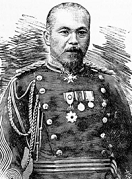

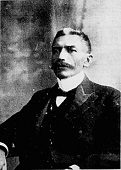











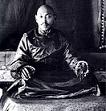






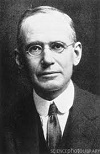


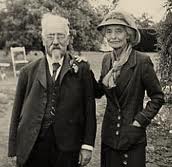




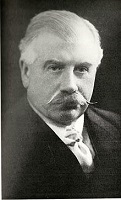



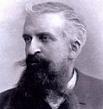










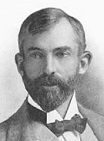





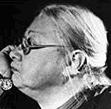
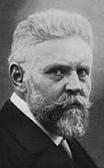



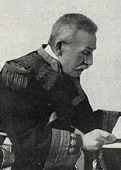



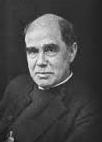
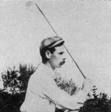










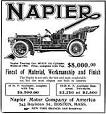







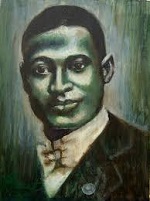
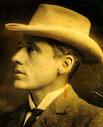


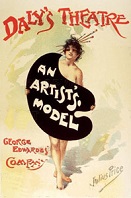
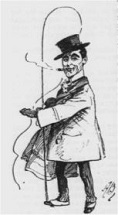
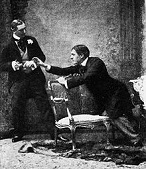




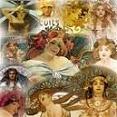
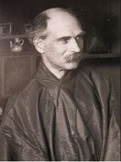
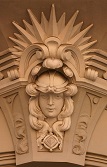


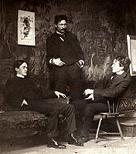



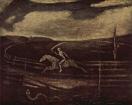

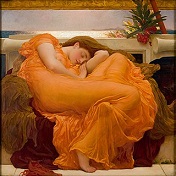
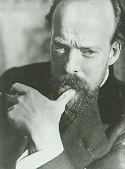
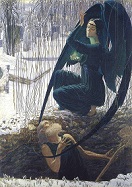







1895 The industrial output of the U.S. catches up to the U.K. - the devil has a brand-new toy? The Great Rapprochement begins between the U.S. and Britain (ends 1915), where the U.S. turns from Anglophobia to Anglophilia, insuring its alignment with Britain during WWI and WWII? On Jan. 1 after years as a starving artist living above a Cremerie in Paris, where he gained a lot of friends incl. Gaugin, and founded the Bal des Quat'z Arts artists' ball, Czech artist Alphonse (Alfons Maria) Mucha (1860-1939), presents a poster for Sara Bernhardt's play "Gismonda", becoming an instant star with his sensuous style, launching the French Art Nouveau Movement (ends 1914), centered in a Paris art gallery called guess what run by Siegfried Bing (1838-1905), who opens it in Dec., writes La Culture Artistique en Amerique for the French govt., and goes on to exhibit works by Edouard Vuillard (1868-1940), Pierre Bonnard (1867-1947), Henri de Toulouse-Lautrec (1864-1901), Henry Clemens van de Velde (1863-1957), Louis Comfort Tiffany (1848-1933) et al.; the style becomes a total art style, spreading to architecture, furniture, jewelry, textiles, ceramics, etc., becoming known as Jugendstil in Denmark, Norway, Sweden, Germany, and the Baltic states, Modernism in Spain and Russia, and Secessionsstil in Austria and Czech. - remodel your home at better than sale prices? On Jan. 5 French Capt. Alfred Dreyfus is publicly stripped of his rank and sent to Devil's Island; he is ultimately vindicated after spending four years there, his conviction annuled in 1899 by a "cour de cassation", retried, reconvicted, and pardoned by a decree of Pres. Emile Loubet in 1899; his 2nd conviction is reversed in 1906, and he is given the Legion of Honor and promoted to major. On Jan. 6-9 the 1895 Wilcox Rebellion (Counter-Rev.) in Hawaii, led by sees royalists lose three battles in Oahu, causing queen (since Jan. 29, 1891) Liliuokalani to reluctantly abdicate on Jan. 24 and swear allegiance to the Repub. of Hawaii, after which she is arrested for complicity, then tried and found guilty of treason and sentenced to five years in prison, resulting in house arrest in her palace for two years, during which time the pissed-off Polynesian queen composes the song Aloha Oe ("Farewell to Thee") (alt. trans.: oy ve?), which helps win her release?; "Farewell to you, farewell to you/ The charming one who dwells in the shaded bowers/ One fond embrace,/ 'Ere I depart/ Until we meet again"; the Kingdom of Hawaii is kaput, going into exile and plotting a comeback in vain. On Jan. 16 Jean Casimir-Perier resigns, and on Jan. 17 after moderate repub. Henri Brisson gets a majority of votes on the first ballot, causing the left to unite and put forward a candidate who offends no one, Felix (Félix) Francois Faure (1841-99) becomes pres. #7 of France (until Feb. 16, 1899), going on to amnesty the anarchists, incl. Emile Pouget. My way or the highway? On Jan. 18 the Japanese fleet bombards Teng-chow-foo across from Port Arthur; on Jan. 20-Feb. 12 the 23-day Battle of Weihaiwei (8 mi. E of Port Arthur) sees the remnants of the Chinese Beiyang Fleet bottled up in Weihaiwei Naval Base on the Shangdong Peninsula opposite Lushunkou sieged and taken despite a severe snowstorm (Jan. 31-Feb. 1) by the Japanese Second Army Corps under Iwao Oyama (1842-1916), who becomes a hero and is created marquis (1895) and field marshal (1898); on Feb. 9 Japanese gen. Odera Yasuzumi is KIA, becoming the highest ranking casualty in the First Sino-Japanese War; Chinese Adm. Ding Ruchang (b. 1836) is offered asylum in Japan, but commits suicide instead on Feb. 12, and the remnants of his Beiyang Fleet surrender to the Japanese in total humiliation, after which Ding is treated like manure and not given a proper Chinese burial by the govt. until 1912; the Chinese finally begin peace negotiations. On Jan. 24 Queen Liliuokalani formally abdicates, and works to stop annexation by the U.S. in vain. On Jan. 30 German steamship Elbe collides with British steamship Grathie in the North Sea, killing 335. On Feb. 8 South African Breweries (originally Castle Breweries) is founded in Johannesburg, South Africa to service miners and prospectors; in 1950 it moves its HQ to London, England; in 2002 it acquires Miller Brewing Co., becoming SAB Miller. Feasting with panthers, or, Cruel to be kind means that I love ya, or, He calls me his lucky penny but I am the lucky one, or, Explain it to my lawyer, prick? A new meaning to Gay Nineties? This love story is no fairy tale? Assume the position? The original Gay Eye for the Straight Guy? A seminal event in modern history? On Feb. 14 Oscar Wilde's final play The Importance of Being Earnest debuts at St. James's Theater in London, giving him three hit plays playing simultaneously; too bad, he is accused (via a card left at Oscar's club) of "posing as a Somdomite" (sic) by the marquess of er, John Sholto Douglas, 9th Marquess of Queensbury (1844-1900) over his relationship with his son Lord Alfred Bruce "Bosie" Douglas (1870-1945), the love of Wilde's gay life, whom he met as an undergrad at Oxford (after Bosie had read Wilde's wild gay book "The Picture of Dorian Gray", and was obsessed with its gay imagery); at Bosie's insistence, Wilde makes the big mistake of suing for libel, which ends up exposing his long list of young male lovers in court, causing him to drop his suit, and the crown to have him arrested while drinking hock and seltzer and talking to Bosie at the Cadogan Hotel in London by a Scotland Yard Inspector for the crime of sodomy (carrying up to 10 inches, er, years); his prosecutor is future Liberal PM (1908-16) Herbert Henry Asquith (1852-1928), whose gay son Anthony Asquith (1902-68) dir. the Earnest play in 1952; after a great speech from the courtroom dock, where he uses Bosie's line "the love that dare not speak its name", he ends up convicted on May 25 and sentenced to two years for offenses to minors; the British govt. doesn't declassify its memos on the trial until 1999. On Mar. 4 the Battle of Yingkou (Newchwang) (Niuzhhuang) outside the treaty port town of Yingkou in Manchuria is a V for the Japanese, who then bombard the town of Tianzhuangtai on the other side of the Liao River, razing it, effectively ending Chinese resistance in the war; meanwhile by the end of Mar. Japanese troops seize the Pescadores (Penghu) Islands near Taiwan. On Mar. 10 Spanish cruiser Reina Regente sinks in the Atlantic off Gibraltar, killing 400. On Mar. 11 Britain and Russia sign an agreement describing their respective spheres of influence in Afghanistan, and defining its N borders; meanwhile slavery is abolished in Afghanistan. On Mar. 28 in answer to rumors of French designs on the Sudan, British under-secy. of foreign affairs Sir Edward Grey issues the Grey Declaration in Parliament that the whole Nile Valley is a British sphere of influence, warning that Britain will regard any French advance in Sudan as an "unfriendly act". On Apr. 1 the three presidency armies of India are united into a single Indian Army. On Apr. 8 the U.S. Supreme Court rules 5-4 in Pollock v. Farmers' Loan and Trust Co. that the 1894 U.S. Income Tax Act is unconstitutional because it imposes direct taxes without apportioning them between states, necessitating a constitutional amendment. On Apr. 17 after Japanese and Korean govt. forces brutally quash the Tonghaks and execute the leaders, the Treaty of Shimonoseki in the new town (1889) of Shimonoseki in Yamaguchi Prefecture (known for its big fugu catch) ends the First Sino-Japanese War (begun 1894), giving Japan the upper hand in Korea, with Taiwan (Formosa) (until 1945), the Pescadores, and Port Arthur given to Japan (later returned in exchange for an indemnity); Japan takes over Taipei, Taiwan and turns it into a modern city; China's defeat opens the way for imperialist penetration and unrest, while Japanese control is challenged by popular uprisings. On May 23 the Okla. Land Run of 1895 (last), based on land swindled from the Kickapoo Indians in the U.S. Kickapoo Allotment Act of Mar. 30, 1893 gives away 88K acres out of 206,662 to homesteaders, with more land set aside for schools, of which 90K acres are later opened for homesteading; after this land grabs are handled by auction or lottery. In May the British South Africa Co. territory S of Zambezi becomes Rhodesia, with capital at Salisbury; British Bechuanaland is attached to the Cape of Good Hope, with N Bechuanaland remaining a British protectorate (until 1966). On June 11 after being appointed Regius Prof. Of Modern History at Cambridge U., John Emerich Edward Dalberg-Acton, 1st Baron Acton (1834-1902) delivers his inaugural lecture The Study of History, with the soundbyte: "History is the arbiter of controversy, the monarch of all she surveys," which makes a big splash, calling for historians to reject historicism, which limits moral judgments to the specific context in which events being discussed took place, and become moral arbiters, with the soundbyte: "Never to debase the moral currency or lower the standard of rectitude, but try others by the final maxim that governs your own lives, and to suffer no man and no cause to escape the undying penalty which history has the power to inflict on wrong", adding: "I hope... this will aid you to see that the action of Christ who is risen on mankind whom he redeemed fails not, but increases; that the wisdom of divine rule appears not in the perfection but in the improvement of the world; and that achieved liberty is the one ethical result that rests on the converging and combined conditions of advancing civilization. Then you will understand what a famous philosopher said, that History is the true demonstration of Religion." On June 22 after failing to get any of his legislation passed, dilettante British PM (since Mar. 5, 1894) Lord Rosebery resigns, and on June 25 former PM (1885-6, 1886-92) Robert Gascoyne-Cecil, 3rd Marquess of Salisbury (1830-1903) becomes British PM (until July 11, 1902), becoming the last British PM to sit in the House of Lords, and first British PM of the 20th cent., forming his 3rd cabinet, uniting his Conservatives with the Liberal Unionists, riding on a wave of British Unionist and imperial sentiment; wealthy self-made manufacturer Liberal Unionist Joseph Chamberlain (1836-1914) (former mayor of Birmingham) (father of Sir Joseph Austen Chamberlain) surprises everybody by turning down the treasury secy. position in favor of secy. of the colonial office (until 1903), and pushes British imperialism into its most active phase ever, with Salisbury trying to reinstate close relations with Germany and the Triple Alliance to balance the French and Russians. In June Italy's attempts to turn Ethiopia into a protectorate backfire when Ethiopia gains support from Russia after a visit by Menelik II, mobilizing 1896 armed troops at Addis Ababa, defeating the Italians at the Battle of Amba Alagi on Dec. 7, then sieging Italian-held Fort Meqele (Makale) (Mak'ele) (Mekelle) until it surrenders in Jan. On Aug. 5 Kaiser Wilhelm II and Lord Salisbury have a talk at the Cowes Yacht Races on the Isle of Wright, kibbutzed by Friedrich von Holstein, which ends up making the two distrust each other implicitly. On Aug. 10 (Sat.) the first nightly Promenade Concert is held at Queen's Hall in London, arranged by impresario Robert Newman (1858-1926) and conducted by Sir Henry Joseph Wood (1869-1944), running for 10 weeks and becoming a big hit, with the soundbyte by Newman: "I am gong to run nightly concerts and train the public by easy stages, popular at first, gradually raising the standard until I have created a public for classical and modern music"; they later become known as the BBC Proms, giving British composers an audience. On Aug. 24 the London Saturday Review pub. an article containing the soundbyte (p. 34): "We English have always waged war against our competitors in trade and transport. Our main competitor today is no longer France, but Germany... In a war against Germany we would be in a position to win a lot and to lose nothing"; on Feb. 1, 1896 another article contains the soundbyte: "If tomorrow every German were eliminated, there would be no British business nor any English enterprise which would not profit. If every Englishman were to vanish tomorrow, the Germans would reap gains... One of the two must quit the field. Get ready for the fight with Germany, for Germaniam esse delendam"; on Sept. 11, 1897 another article contains the soundbyte: "Everywhere where the English flag has followed the Bible, and trade the flag... the German trader fights the English... States have waged wars for years over a town or rights to a throne; and should we not wage war when an annual trade of five billion is at stake?" In Aug. after a well-publicized 40-day fast in Albuquerque, N.M. German immigrant Catholic faith-healer shoemaker Jesus clone Francis Schlatter (1856-96) stirs up dusty Denver, Colo. for 2 mo., drawing crowds of 5K a day (200K total) to his perch at 32nd & Quivas St., only to abscond overnight on Nov. 13-14, leaving 50K unopened letters; he dies of exposure in Mexico's Sierra Madres within a few mo. - physician, heal thyself? In Aug. distinguished white Am. ethnologist Daniel Garrison Brinton (1837-99) (expert on the Am. Indians) gives a pres. address to the Am. Assoc. for the Advancement of Science, stinking himself up with scientific white racism, claiming that all races are not equally endowed, and indeed some have "an inborn tendency, constitutionally recreant to the codes of civilization, and therefore technically criminal", and that the inborn limitations of "races, nations, tribes... supply the only sure foundation for legislation, not a priori notions of the rights of man" (Charles A. Lofgren). On Sept. 18 African-Am. educator Booker Taliaferro (pr. like toliver) Washington (1856-1915) gives his Atlanta Compromise Address at the Cotton States Exposition, calling for black acquiesence in disfranchisement and social segregation if whites will encourage black progress in economic and educational opportunity - we'll be good niggers, boss? On Sept. 23 Paris match factory worker Leon Jouhaux (1879-1954) founds the Syndicalist Confederation Generale du Travail (CGT), which becomes the oldest and largest French trade union, known for Communist domination. Is that any way to treat the people who brought you Noah's Ark? On Sept. 30 Armenians stage a demonstration in Constantinople, and on Oct. 1 the first Armenian Massacres begin in Constantinople, causing the Euro powers to put pressure on Turkish Sultan Abdul Hamid II, who on Oct. 17 promises reforms of the minor (to him) Armenian situation; meanwhile the massacres continue all over Anatolia. In early Oct. the first Festival of Mountain and Plain is held in the Civic Center of Denver, Colo. (until 1899, then 1901 and 1912), featuring a rodeo and parade. On Oct. 8 Korean Queen Min (b. 1851) is murdered by a plot led by Japanese legation minister viscount Miura Goro (1847-1926); in Dec. Japan forces the Kabo Reforms (a clone of the Meiji reforms) on the Korean govt., elevating the Korean king to emperor, declaring total independence from China with a constitutional monarchy and a Japanese-style cabinet, a modern police force and army, independent judiciary, and 3-level education system; the yangban class system is abolished along with Chinese-style civil service exams. On Oct. 23 Kerala Varma V dies, and Sir Sri Rama Varma XV (Ozinja Vallia Thampuran) (1852-1932) becomes king of Cochin in India (until Dec. 7, 1914), the first of six rulers to be portrayed on postage stamps - this year, chance has to be more than a slogan? In Oct. the London School of Economics and Political Science of London U. near the Aldwych in England is founded by Fabians Sidney Webb (1859-1947), Martha Beatrice Webb (1858-1943) (coiner of the term "collective bargaining"), George Bernard Shaw (1856-1950), and Graham Wallas (1858-1932) to focus on research into poverty, inequality, and related Socialist issues, becoming a big influence on the British Labour Party; in 1900 it joins London U. as the faculty of economics, becoming associated with Harold Laski and R.H. Tawney. In Oct. the Fourth British-Ashanti (Anglo-Ashanti) War begins (ends Feb. 1896) when King Prempeh I refuses to accept British control, and the Brits use the excuse of alleged violations of the 1874 Fomena Treaty to send a force under Col. Sir Francis Scott; meanwhile oh-boy-my-big-chance Prince Henry of Battenberg (1858-96) obtains Queen Vicky's permission to join them "to prove my devotion to my adopted country", and sets sail on Dec. 7. On Nov. 1 justice minister Leon Victor Auguste Bourgeois (1851-1925) becomes PM #64 of France (until Apr. 29, 1896), forming a radical cabinet, causing the senate to block his funding until his govt. collapses amid an indifferent public. Paris Hilton had nothing over this here-i-am-rock-you-like-a-hurricane babe? On Nov. 6 gorgeous Am. railroad heiress Consuelo Vanderbilt (1877-1965), daughter of railroad millionaire Commodore Vanderbilt's son William K. Vanderbilt and his once-impoverished wife Alva, who everybody knows is worth $20M, is auctioned off to new hubby Charles Richard John "Sunny" Spencer-Churchill, 9th Duke of Marlborough (1871-1934) (nicknamed Sunny because he used to be the earl of Sunderland), who uses her dough to refurbish Blenheim Palace; the duke's grandmother tells her: "Your first duty is to have a child, and it must be a son, because it would be intolerable to have that little upstart Winston become a duke"; she does so, along with a "spare" (her words), freeing the duke's 1st cousin Winston Churchill to pursue a political career; too bad, the marriage sucks and they divorce in 1921, he marrying big blue-green eyed Gladys Marie Deacon (1881-1977), who remains childless and dines with a pistol at her dinner table until he converts to Roman Catholicism and begins making plans to enter a monastery in Italy. On Nov. 26 the Hawaiian Sugar Planters' Assoc. (HSPA) is founded, going on to open offices in Manila and Vigan, Ilocos Sur to recruit Filipino workers, offering them free passage to Hawaii and set up a lobbying effort in Washington, D.C. to lobby for labor and immigration polices and legislation beneficial to the Hawaiian sugar industry; the 1934 U.S. Tydings-McDuffie Act limits Filipino immigration to 50 workers/year. On Dec. 3 Albany, N.Y.-born Rufus Wheeler Peckham (1838-1909) of N.Y. (friend of John D. Rockefeller, J.P. Morgan, and Cornelius Vanderbilt, and brother of Boss Tweed prosecutor Wheeler Hazard Peckham, who was nominated by Pres. Cleveland last year, but blocked by his rival Sen. David Hill of N.Y. in favor of Edward Douglass White) is nominated by Pres. Cleveland as U.S. Supreme Court justice #56 to fill the vacancy created by short-timer Howell E. Jackson (1893-5), and is confirmed on Dec. 9, taking office in Jan. (until Oct. 24, 1909), leaving the court at nine members. On Dec. 7-8 30K Abyssinians under Menelik II defeat 2.4K Italians under Gen. Pietro Toselli and Gen. Oreste Baratieri at the First Battle of Mt. Amba Alagi, the Italians fighting to their last bullet and losing 1.8K, retrieting to their half-finished Fort Mek'ele, where the Ethiopians siege them next Jan. 6-21. On Dec. 17 the Anti-Saloon League of Am. (founded as a state-level org. in Oberlin, Ohio in 1893) is formed in Washington, D.C. by atty.-turned-minister Howard Hyde Russell (1855-1946), author of "A Lawyer's Examination of the Bible" (1893), quickly growing to the most powerful Prohibition lobby in the U.S., passing the Woman's Christian Temperance Union (WCTU) and the Prohibition Party and going on to get the 18th Amendment to the U.S. Constitution passed in 1920; too bad, it gets in bed with the Ku Klux Klan (KKK), stinking it up. On Dec. 28 the Lumiere Brothers demonstrate their Cinematograph in the Salon Indien of the Grand Cafe below the Jockey Club in Paris. On Dec. 29-Jan. 2 Cape Colony PM #10 (Feb. 22, 1904-Feb. 2, 1908) Leander Starr Jameson leads the diastrous Jameson Raid on Johannesburg, Transvaal, hoping to spark an uprising of Uitlander miners and draw British intervention in the South African Repub.; the leaders of the Johannesburg Reform Committee are arrested and sentenced to death, but released after paying large fines; after his release, San Francisco, Calif.-born mining engineer John Hays Hammond Sr. (1855-1936), chief engineer of Cecil Rhodes mines heads back to the U.S. and ends up as a friend of U.S. pres. William Taft, who appoints him a special U.S. ambassador. In Dec. Pres. Grover Cleveland has lights made for the White House Christmas Tree by the General Electric Co., causing Christmas lighting to catch on for the rich. In Dec. ex-Edison employee William Kennedy Laurie Dickson (1860-1935) et al. found the Am. Mutoscope and Biograph Co. in N.J. to manufacture the hand-cranked 68mm Rolodex 850 flip-card Mutoscope, patented on Nov. 21, 1894 by Herman Casler (1867-1939), which is used for peep shows; in 1896 Casler invents the 68mm Biograph Projector, getting around Edison's patent by using friction rollers instead of sprockets; the first studio is at 841 Broadway at 13th St. in Manhattan, N.Y., mounted on tracks to catch sunlight; in 1906 they move to 11 East 14th St. near Union Square, becoming the first movie studio relying exclusively on artificial light; in 1899 a letter is printed in the London Times railing against the "vicious demoralising picture shows in the penny-in-the-slot machines. It is hardly possible to exaggerate the corruption of the young that comes from exhibiting under a strong light, nude female figures represented as living and moving, going into and out of baths, sitting as artists' models etc. Similar exhibitions took place at Rhyl in the men's lavatory, but, owing to public denunciation, they have been stopped." Jose Marti (1853-95) returns to Cuba and unites the pop. to fight for its independence from Spain, causing about 10% of the pop. to be killed, incl. himself; next year rev. gen. Calixto Garcia Iniguez (Iñiguez) (1839-98) escapes from Spain and arrives with a well-supplied expedition, becoming CIC of the rev. Cuban army - another type A personality? Thubten Gyatso (1876-1933), 13th Dalai Lama reaches majority and assumes political power in Tibet, ending the tradition of puppet dalai lamas by going on to create a small nat. army and attempt to establish diplomatic links with other nations to deal with power grabs by China, Britain, and Russia. A liberal rev. in Ecuador ushers in nearly a half cent. of Radical Liberal rule, marked by disestablishment of the Roman Catholic Church and the entrance of pesky Protestant evangelists. The Bannock War (Uprising) of 1895 starts when Wyo. passes a law prohibiting the killing of elk for their teeth, followed by the arrests of several Bannock elk hunters, leading to wild rumors of a revolt that brings the U.S. Army, who find a peaceful situation and leave. Pres. Cleveland puts the U.S. consular service on a limited merit basis, requiring previous U.S. State Dept. service or the passing of a qualifying exam (ntil 1906). Ohio Gov. William McKinley is stuck for $100K in cosigned notes after a friend's business fails, and his partner Marcus Alonzo Hanna comes to the rescue, retiring from business to devote himself to making McKinley the Repub. pres. nominee. Vladimir Lenin (1870-1924), who joined an underground rev. group in 1893 is arrested and sent to prison for 14 mo., then exiled to E Siberia for 3 years (until 1899), where he marries serious brain babe Nadezhda Konstantinovna "Nadya" Krupskaya (1869-1939) in 1898; too bad, she contracts Graves' disease and develops fish eyes and goes fat and sterile, causing him to cheat on her and fool around with French-born Communist Inessa Armand (Ines Stephane) (1874-1920) et al., contracting syphilis. Revere Beach, Mass. 4 mi. N of Boston, Mass. is founded, becoming the first public beach in the U.S. Neb. becomes the "Tree Planter State". Dutch girl Margaretha Geertruida Zelle (b. 1876) meets an army officer through a personal ad in the newspaper, marries him, moves with him to Java, then flees from him a few years later to the stages of Paris, where she assumes the name Mata Hari. "Ben-Hur" author Lew Wallace visits his hometown of Indianapolis, Ind., and is met by 26-y.-o. aspiring novelist Booth Tarkington (1869-1946), whom he discourages from continuing, saying, "The publication of my first novel was almost enough to ruin my law practice." The Sixth Internat. Geographical Conference in London decides on the Antarctic as the most pressing geographical need for exploration. Dutch immigrant Daniel De Leon (1852-1914) founds the Socialist Trade and Labor Alliance in New York City. The Am. Historical Assoc. (AHA) establishes the annualJustin Winsor Prize, named after co-founder Justin Winsor (1831-96) for new authors of history in the Western Hemisphere; the first award goes to Herman V. Ames for "The Proposed Amendments to the Constitution of the United States"; it goes biennial in 1908, and is discontinued in 1938; since Winsor was pres. of the Am. Library Assoc. (ALA), it establishes the Justin Winsor Prize in 1978 for the best library history essay; the first award goes to Dennis Thomison for "The Private Wars of Chicago's Big Bill Thompson". The first public film show in Paris is held at the Hotel Scribe. In the middle of this decade the new U.S. art form of Jazz appears in the streets of New Orleans, La., mixing African, Creole, French and other ingredients, and ending up being exported all over the world; at this time the city is not segregated. The Cheers bar in Boston, Mass. is established :) The first Biennale eshibition of modern art is held in Venice, Italy; it is later held from May-Oct. in even-numbered years. Lincoln Memorial U. in Cumberland Gap, Tenn. is founded by Oliver Otis Howard, founder of Howard U. The first prof. society of accountants is founded in the Netherlands, followed by Sweden in 1899 and Belgium in 1903. The term "feminism" is imported to the U.K. and U.S. from France. Austrian mystic Carl Kellner (1851-1905) founds the Order Templi Orientis (OTO), which is later (1922-47) headed by Aleister Crowley (1875-47). The Fogg Art Museum of Harvard U. in Cambridge, Mass. opens, developing the largest and most extensive art collection of any U.S. univ. Herbert Hoover becomes a geology major in the first graduating class of Stanford U.; 285-ft. Hoover Tower is built on the Romanesque Stanford campus in 1941. Wilshire Blvd. in Los Angeles, Calif. is founded by Cincinnati, Ohio-born outspoken Socialist Henry Gaylord Wilshire (1861-1927) on a 35-acre barley field, who donates a strip of land 120' x 1,200' to the city on the conditions that it will be named for him and have no railroad lines or commercial-industrial trucking; it goes on to extend 15.83 mi. E from Ocean Ave. in Santa Monica to Grand Ave. in downtown Los Angeles, running parallel with Santa Monica Blvd. to the Miracle Mile district between Fairfax and Highland Aves. (known for its museums), connecting five major business districts incl. Beverly Hills, hosting most of the city's post-1956 skyscrapers incl. One Wilshire (1966) at Grand, which becomes "the main hub of the Internet for the entire Pacific Rim", and Aon Center at 707 Wilshir Blvd.; it becomes the main street of Koreatown; J. Paul Getty builds a mansion there that is seen in the 1950 film "Sunset Boulevard". Top British Shakespearean actor Henry Irving (1838-1905) becomes the first actor to receive a knighthood. 22-y.-o. small town Neb. cross-dressing writer Willa Cather (1873-1947) (AKA William Cather) moves to Pittsburgh, Penn. and meets fashionable 16-y.-o. sweet cheeks Isabelle McClung (1879-) (daughter of a judge), and they fall in love (mental or physical or both, tongues are wagging?), Cather moving into a spare room in her home to write, until she is wooed to New York City in 1906 by McClure's Mag, remaining in love for life even though McClung marries a man in 1915, moving in with new licks Edith Lewis (1882-1972) (a fellow Nebraskan she met in New York City in 1903) in Greenwich Village in 1909-47, and they are later buried together - come to my window? An art dealer discovers Paul Cezanne and stages a solo exhibition of 150 of his canvases in Paris, while Cezanne ignores it and stays in Provence. About this year the realist Ashcan School (term coined by Art Young in 1916), a reaction to the conservative Nat. Academy of Design is founded, going on to flourish in New York City's Greenwich Village through the 1920s, producing paintings celebrating slums, tenements, and business districts, with major artists incl. Robert Henri (Robert Henry Cozad) 1865-1929), George Luks (1867-1933), William Glackens (1870-1938), John French Sloan (1871-1951), and Everett Shinn (1876-1953). Welsh symbolist poet Arthur Symons (1865-1945) begin pub. the lit. mag. The Savoy (until 1896), going for eight issues with contributors incl. W.B. Yeats, G.B. Shaw, and Joseph Conrad. John D. Rockefeller, richest man in Gilded Age U.S. files income taxes for the first time, reporting 1894 income of $1.25M (7K the avg. per capita income); in 2007 hedge fund mgr. James Simons reports $1.7B in income (38K times the avg.), while two other hedge fund mgrs. make over $1B, and the top 25 make $14B combined. Georges Sorel (1847-1922) et al. found the French mag. Devenir Social to promote rev. syndicalism. The Horseless Age monthly mag. begins pub., becoming the first automotive mag. in the U.S.; too bad, its high cost limits it to the wealthy, and it only has a circ. of 800. After trustee John Bigelow (1817-1911) (U.S. ambassador to France during the U.S. Civil War) comes up with the idea, the Tilden Trust creates the New York Public Library by joining the struggling Astor and Lenox libraries, opening their collections to the public; in Feb. 1901 it absorbs the New York Free Circulating Library; Andrew Carnegie donates $2.5M to build 65 branch libraries. Mass.-born W.E.B. (William Edward Burghardt) Du Bois (1868-1963) becomes the first African-Am. to receive a Ph.D. from Harvard U. (history). About this year New Orleans, La.-born cornetist Charles Joseph "Buddy" "King" Bolden (1877-1931) begins playing his own New Orleans style of ragtime (AKA jass), pioneering "funk" in music, and inventing the Big Four syncopated bass drum pattern (the 2nd half is called the Hambone), becoming known as "the Father of Jazz"; too bad about 1907 he develops a mental illness and vanishes from the scene. French journalist Marthe Distel founds the Le Cordon Bleu (Fr. "The Blue Ribbon") cooking school in Paris, growing to 20K students by modern times; in Jan. the first classes are held, featuring a newfangled electric stove; co-founder chef Henri-Paul Pellaprat (1869-1954) teaches there for 32 years, pub. the million-selling L'Art Culinaire, along with La Cuisine Familiale et Pratique; in 1945 Madame Elisabeth Brassart (1897-1992) buys Le Cordon Bleu, selling it in 1984 to family friend Andre J. Cointreau. Charles Ranhofer and Charles Delmonico introduce the "alligator pear" (avocado) (imported from South Am.) in Delmonico's Restaurant in New York City. The Lee-Enfield Rifle AKA Short Magazine Lee-Enfield (SMLE), manufactured by the Royal Small Arms Factory in Enfield, England becomes the std. rifle of the British Army (until 1957). The Kliegl Brothers John H. Kliegl and Anton Tiberius Kliegl emigrate to the U.S. from Germany, founding Universal Electric Stage Lighting Co. next year to manufacture fixtures and controls for theaters (until the 1990s), incl. Klieg Lights (carbon arc limelights), which turn night into day on a stage and cause "Kliegl eye". Schwinn Bicycle Co. is founded in Chicago, Ill. by German-born mechanical engineer Ignaz Schwinn (1860-1945), becoming the #1 U.S. bicycle manufacturer of the 20th cent. Austrian luxury lead glass crystal manufacturer Sarovski is founded by Daniel Swarovski (Swartz) (1862-1956) in Wattens, Tyrol; its logo is a swan. English steam engine maker Napier and Son (founded 1808) is inherited by Montague Stanley Napier (1870-1931), who goes into automobile manufacturing, converting a Panhard "Old Number 8" from a tiller to a steering wheel, and improving the oiling, then designing their own engines in 1900; in 1907 they are producing 100 cars a year, rising to 700 by 1912, many for use as London taxis, promoting their use in auto racing and winning many victories until 1908; in 1917 they introduce the 12-cylinder 1,375 hp Napier Lion W (triple-four) aluminum block aircraft engine, most powerful in the world until the 1930s; they get out of the car business in 1924 after building a total of 4,258 to concentrate on engines. South African Breweries (SAB) (originally Castle Breweries) is founded in Johannesburg, South Africa to service miners and prospectors; in May 2002 it acquires Miller Brewing for $5.6B to create SAB Miller, 2nd largest brewing co. on Earth; in 2007 SABMiller and Molson Coors combine to form MillerCoors. Sports: On Jan. 3-Mar. 8, 1895 the 1895 Amateur Hockey Assoc. of Canada (AHAC) Season sees the Montreal Victorias win with a 6-2 record, winning the Stanley Cup after the Montreal Hockey Club defeats Queen's U. 5-1 on Mar. 9. On Feb. 9 the first-ever intercollegiate basketball game sees Minnesota A&M defeat Hamline U. by 9-33, launching College Basketball. On Feb. 9 after meeting James Naismith in 1892, Lockport, N.Y.-born William George Morgan (1870-1942) invents the game of Volleyball in a YMCA in Holyoke, Mass. (10 mi. from Springfield) for those who find basketball too strenuous, calling it Mintonette, played by hitting a basketball over a rope; Alfred Halstead gives it the name volley ball. On Easter Tue. the first Welsh Grand National steeplechase is held at Ely Racecourse in Cardiff; in 1948 it moves to Caerleon, followed by Chepstow in 1949; in 1969 it moves to Feb.; in 1979 it moves to Dec. 27. On Sept. 9 the Am. Bowling Congress (ABC), led by restaurateur ("Father of 10-Pin Bowling") "Father of Bowling" Thomas Curtis (originator of the tournament concept) is founded at a meeting at Beethoven Hall in New York City, superseding the Nat. Bowling Assoc. (NBA), establishing modern standardized rules for pin bowling, incl. 10 balls with max. 300 score (replacing 20 balls with max. 200 score), 12 in. between pins, and max. ball weight set at 16 lbs., helping bowling to become the #1 U.S. participant sport by the mid-20th cent.; in 1916-50 it limits membership to white males; in 1993 "male only" is removed from its constitution; in 2005 it merges with the Women's Internat. Bowling Congress (WIBC), Young Am. Bowling Alliance, and USA Bowling to become the United States Bowling Congress (USBC); super-hard lignum vitae (Lat. "wood of life") (palo santo or holy wood) (pockholz) (guyacan) (guaiacum) (bastard greenheart) (ironwood) wood from the Caribbean is initially used for bowling balls. On Sept. 28 the first Prof. Am.-Rules Football Game is played in Latrobe, Penn.; Spalding's Official Football Guide begins pub., ed. (until 1924) by Walter Chauncey Camp (1859-1925), who was first called "the Father of Am. Football" in 1892 by Caspar Whitney (1862-1929) in Harper's Weekly, going on to turn it into a game of crazy, er, heroes that captures the Am. imagination. On Oct. 4 the first U.S. Open Golf Championship is held in Newport, R.I., won by Horace Rawlins (1874-1940), who becomes the first winner of a golf major outside Britain. On Nov. 28 (Thanksgiving Day) a 54.36 mi. auto race (first in the U.S.) is held in Chicago, Ill., and James Frank Duryea (1869-1967) (one of the two Duryea brothers) wins in 7 hours 17 min. at an avg. speed of 7.5 mph using a 4-cycle engine; in 1895 the Duryea Brothers found Duryea Motor Wagon Co. in Springfield, Mass., but it folds in 1898. The Big Ten Conference (B1G) (originally the Western Conference) is founded by seven teams in the NCAA's Division 1 incl. the U. of Chicago, U. of Ill., U. of Mich., U. of Minn., Northwestern U., Purdue U., and the U. of Wisc., expanding to 14 colleges and 28 sports (14 men's, 14 women's), becoming the oldest Div. 1 college athletic conference in the U.S. Glenn Scobey "Pop" Warner (1871-1954) becomes head football coach at the U. of Ga. (until 1896), launching a 44-year career at Cornell U. (1897-8, 1904-6), Carlile Indian Industrial School in Penn. (1899-1903, 1907-14) (where he coaches Jim Thorpe), the U. of Pittsburgh (1915-23), Stanford U. (1924-32), and Temple U. (1933-8), achieving 319 major NCAA college football wins and four nat. championships (1915, 1916, 1918, 1926). British racquets world champ (1887-1902) Peter Walker Latham (1865-1953) of Britain becomes the world lawn tennis champ (until 1905, then 1907-8). The value of a field goal in basketball is changed from 3 to 2 points; the free throw value is changed from 3 to 1 point; the free throw line in men's basketball is moved from 20 ft. to 15 ft.; backboards made of wood are introduced to eliminate interference from the balcony. Architecture: On June 21 the Kiel Canal through Schleswig-Holstein in Germany (begun 1887) from the mouth of the Elbe River via Rendsburg to Kiel Bay is opened - fulfilling fantasies through cash? On Oct. 31 the Spanish Baroque Jefferson Hotel in Richmond, Va. (begun 1892) opens, designed by Am. Beaux-Arts architects John Merven Carrere (Carrère) (1858-1911) and Thomas Hastings (1860-1929), becoming one of the top hotels in the U.S., with guests incl. Pres. William McKinley, Pres. Theodore Roosevelt, Pres. Calvin Coolidge, Pres. Franklin D. Roosevelt, Pres. Bill Clinton, Pres. George H.W. Bush, Pres. George W. Bush, and Pres. Barack Obama, writers Henry James, Gertude Stein, F. Scott and Zelda Fitzgerald, and Margaret Mitchell, aviator Charles Lindbergh, explorer Sir Edmund Hillary, and entertainers Charlie Chaplin, Frank Sinatra, The Rolling Stones, Dolly Parton, and Elvis Presley; a week after the opening an engagement party is held on the roof for Irene Langhorne and Gibson Girl illustrator Charles Dana Gibson; the hotel becomes famous for housing live alligators in marble pools in its Palm Court until 1948, replacing them with bronze statues; in 1901 a fire guts it, and it is reopened in 1907; the 1981 film "My Dinner with Andre" is filmed there. The Crescent Park Carousel, complete with 56 jumping and six stationary horses, four chariots and one camel is built by Charles I.D. Looff in East Providence, R.I., and is designated a nat. historic landmark in 1987. Franklin Field at the U. of Penn. in Philadelphia opens on Apr. 20, hosting the annual Army-Navy Football Game. Cardinal Vaughan lays the foundation stone of Westminster Cathedral. Inventions: On Feb. 13 brothers Auguste Lumiere (Lumière) (1862-1954) and Louis Lumiere (Lumière) (1864-1948) of Lyon, France, who with their Haute-Saone, Ormoy-born photographer father Charles-Antoine Lumiere (Lumière) (1840-1911) (Fr. "lumiere" = light) set up a photographic equipment factory in Lyons, France in the 1880s patent the Cinematograph camera-projector combo, one of the first motion picture cameras, using a perforated film, and the first showing movies to an audience instead of an individual viewer like Edison's "peepshow" kinetoscope; on Sept. 28 their first film Leaving the Lumiere Factory in Lyon (Sortie de l'usine Lumiere de Lyon), the almost first true motion picture debuts at L'Eden Cinema in La Ciotat, followed by Paris on Dec. 28. On Nov. 5 George B. Selden (1846-1922) of N.Y. is granted a U.S. patent for the gasoline-powered automobile after filing on May 8, 1879; local bank teller George Eastman is a witness; in 1899 he sells a license to William Collins Whitney (1841-1904) (U.S. secy. of the Navy in 1885-9), owner of the monopolistic Electric Vehicle Co. (1897-1907), and works to collect a 0.75% royalty from all cars sold by the Assoc. of Licensed Automobile Manufacturers, later founding Selden Motor Vehicle Co.; after Ford Motor Co. is founded in 1903, they take him on in a mammoth 8-year case that generates 14K case pages, and Selden wins, but Ford wins the appeal on Jan. 10, 1911 because his engines are based on the 1876 German Otto Engine, not the 1872 Brayton Engine of R.I. inventor George Brayton (1830-92). On Dec. 28 after producing and detecting them for the first time on Nov. 8, German physicist Wilhelm Konrad (Conrad) Roentgen (Röntgen) (1845-1923) of Wurzburg U. in Germany pub. Eine Neue Art von Strahlen, announcing the discovery of X-Rays (X for unknown, like in algebra) (AKA Roentgen Rays) the year before while fooling around with a Crookes Tube (CRT) when a photographic plate enclosed in a dark box ca,e out fogged, proving that the box walls are transparent to them; he soon is taking X-ray photos of the hand, launching a new era in medicine - imagine what else? HP Sauce is introduced in Britain, becoming the favorite way for Northerners to differentiate themselves from Southerners. Francois Baranthon of France invents a water bicycle with an inflatable rubber bag to use as a life preserver. G.V. Black standardizes cavity preparation and manufacture of silver fillings. French steam car maker De Dion-Bouton (founded 1883) invents a 1-cylinder internal combustion engine with trembler coil ignition that works best at high rpm, reaching a record 3.5K rpm; after being mounted on a tricycle frame and fitted with new Michelin pneumatic tires, it goes on the market next year as the Petite Voiture Tricar, which is a big hit, causing a 4-wheeler to be marketed in 1898, and the Model D Voiturette in 1900, which puts the engine under seat and makes the passenger face the driver, who sits in the rear; as a topper, in 1902 the Crazy Frog outfit comes up with the Model K, with a front-mounted engine under a crocodile hood, rear entry of passengers, and a decelerator pedal that applies a transmission brake. C. von Linde invents a machine for liquefying air. Italian Baron Guglielmo Marconi (1874-1937) invents radio telegraphy, with a contraption that can ring a bell a few yards away in his yard in Bologna; next year he travels to London to stir up interest. Listerine is first marketed to dentists as a mouthwash; it's not sold over the counter until 1914. Dr. Shields invents a milking machine - does it suck? The roll-operated Pianola is invented by Edwin Votey (1856-1931) of Detroit, Mich. Using ideas developed by Tesla, George Westinghouse (1846-1914) designs an electricity generating system, and wins a contract to build a power station at Niagara Falls. J.W. Foster and Sons of England produces the first spiked running shoes; they go on to supply them to the 1924 Summer Olympics team incl. Harold Abrahams and Eric Liddell. Science: On Sept. 4 Norwegian surgeon Axel Hermansen Cappelen (1858-1919) performs the first successful cardiac surgery on a heart stab victim, who dies on Sept. 6 of complications (coronary occlusion). French physicist Jean Baptiste Perrin (1870-1942) proves that cathode rays are made of corpuscles with negative electric charge. French polymath mathematician-physicist ("the last Universalist" - Eric Temple Bell) Henri Jules Poincare (Poincaré) (1854-1912) pub. the paper Analysis Situs, defining Poincare Duality, proposing the Poincare Conjecture (solved in 2003), and founding Algebraic Topology, later applying it to celestial mechanics. English Argonauts, er, scientists John William Strutt, 3rd Baron Rayleigh (1842-1919) and Sir William Ramsay (1852-1916) discover the first "noble" (inert) gas, chemical element Argon (Ar) (#18), isolated from air; Ramsay proves that helium (discovered in the Sun's atmosphere in 1868) exists on Earth in the uranium ore elevite; later it is found that it exists in all radioactive minerals as a result of radioactive decay, which emits alpha particles (helium nuclei). Russian physicist Konstantin Tsiolkovski (1857-1935) discovers the principle of rocket reaction propulsion - impulse engines, Scotty? Nonfiction: Thomas Bailey Aldrich (1836-1907), An Old Town by the Sea (essays). Elizabeth Blackwell (1821-1910), Pioneer Work in Opening the Medical Profession to Women. Eugen Bohm-Bawerk (1851-1914), The Positive Theory of Capital and Its Critics. Gustave Le Bon (1841-1931), The Crowd: A Study of the Popular Mind (La Psychologie des Foules); big hit; becomes the Bible of Fascist leaders Adolf Hitler and Benito Mussolini, and is used by Sigmund Freud's nephew Edward Bernays to create mass media manipulation and propaganda. Gamaliel Bradford (1863-1932), Types of American Character; the "psychography" method of biography, abstracting a characterization out of the events and actions of a subject. Robert Seymour Bridges (1844-1930), John Keats [1795-1821], a Critical Study. Oscar Browning (1837-1923), The Age of the Condottieri: A Short History of Mediaeval Italy from 1409-1530. Edward Perkins Channing (1856-1931), The United States of America, 1765-1865; 2nd ed. 1930. Isaac A. Cornelison, The Relation of Religion to Civil Government in the United States of America, a State without a Church, But Not without a Religion. Bishop Mandell Creighton (1843-1901), The Early Renaissance in England. David Miller Dewitt, The Judicial Murder of Mary E. Surratt. Edward Dicey, Bulgaria, the Peasant State. Sir Edward Durning-Lawrence (1837-1914), A Short History of Lighting from the Earliest Times. Cesareo Fernando Duro (1830-1908), History of the Spanish Armada from the Union of Castile and Aragon (9 vols.) (1895-1903); becomes a std. work. Joseph Favre (1849-1903), Dictionnaire Universel de Cuisine et d'Hygiène Alimentaire (4 vols.). Edward Augustus Freeman (1823-92), Comparative Politics: Six Lectures Read Before the Royal Institution in January and February, 1872, with The Unity of History, the Rede Lecture Read Before the University of Cambridge, May 29, 1872 (posth.). Sigmund Freud (1856-1939), Studien uber Hysterie. Isaac K. Funk (ed.), A Standard Dictionary of the English Language; basis of the Funk and Wagnalls "New Standard Dictionary of the English Language". Elbridge Thomas Gerry (1837-1927) and A.F. Currier, Corporal Punishment for Certain Forms of Crime; the founder of the Society for the Prevention of Cruelty to Children advocates the electric chair as a substitute for hanging? H. Rider Haggard (1856-1925), Church and State. Ernst Haeckel (1834-1919), Die Weltratsel (Welträtsel) (The Riddle of the Universe) (1895-99) (English trans. 1901); applies Darwin's Theory of Evolution to philosophy and religion, trying to explain conscousness as arising from the nature of matter and energy. Lafcadio Hearn (1850-1904), Out of the East: Reveries and Studies in New Japan. Frederick George Jackson (1860-1938), The Great Frozen Land. Henry James (1843-1916), The Middle Years (autobio.). Sir Frederic Kenyon (1863-1952), Our Bible and the Ancient Manuscripts; claims that Egyptian papyri and archeological evidence corroborate the Christian Gospels; "The last foundation for any doubt that the Scriptures have come down to us substantially as they were written has now been removed." Georg Friedrich Knapp (1842-1926), The State Theory of Money; coins the term "metallism", founds Chartalism (Lat. "charta" = token or ticket), which claims that "money is a creature of law" (fiat money) rather than a commodity, with taxation establishing it as currency, "that which is accepted at the public pay offices", opposing the metallist theory that the value of currency depends on the quantity of precious metal backing it. John Knox Laughton (1830-1915), Nelson. Arthur Lillie (1831-?), Madame Blavatsky and Her Theosophy; Croquet: Its History, Rules, and Secrets. Percival Lowell (1855-1916), Mars; claims that there are "non-natural features" on Mars incl. canals and oases of that are signs of past intelligent life, turning on the public while pissing-off prof. astronomers; followed by "Mars and Its Canals" (1906), "Mars as the Abode of Life" (1908); in 1909 the 60-in. Mount Wilson Observatory telescope in South Calif. becomes operational, showing the canals to have irregular features showing they are geological in origin. Frederic William Maitland (1850-1906) and Sir Frederick Pollock (1845-1937) The History of English Law Before the Time of Edward I; "the best book on English legal history ever published in the English language", making Maitland the "Modern Father of English Legal History". Karl Marx (1818-83), Das Kapital, Vol. 3 (posth.). Tomas Masaryk (1850-1937), The Czech Question. Gaston Maspero (1846-1916), Ancient History of the Classical Peoples of the Orient (3 vols.) (1895-7). Andrew Cunningham McLaughlin (1861-1947), The Western Posts and the British Debts. Friedrich Nietzsche (1844-1900), The Antichrist; about how Christianity teaches a "slave morality", and holds back the yah-baby dream-is-back Superman; The Will to Power (Der Wille zur Macht) (pub. posth. in 1901); "Not contentment, but more power; not peace at all, but war"; "Truth is ugly. We possess art lest we perish from truth"; "The real philosophers are commanders and lawgivers; they say: 'Thus shall it be!' They determine first the Whither and the Why of mankind, and thereby set aside the previous labor of all philosophical workers...; they grasp at the future with a creative hand, and whatever is and was, becomes for them thereby a means, an instrument, and a hammer. Their 'knowing' is creating, their creating is a lawgiving, their will to truth is Will to Power." Margaret Oliphant (1828-97), The Makers of Modern Rome. Wilhelm Ostwald (1853-1932), Electrochemistry; founds modern electrochemistry. Charles Henry Parkhurst (1842-1933), Our Fight with Tammany. Alfred Ploetz (1860-1940), Basics of Racial Hygiene: The Efficiency of Our Race and the Protection of the Weak (Grundlinien einer Rassenhygiene); proposes Nordic race-based eugenics - love at 425 degrees? Arthur Quiller-Couch (1863-1944), The Golden Pomp: A Procession of English Lyrics from Surrey to Shirley; anthology of 16th-17th cent. lyricists. Hastings Rashdall (1858-1924), The Universities of Europe in the Middle Ages (2 vols.); becomes a std. work, giving the first modern understanding of the medieval origins of universities as arising spontaneously "as a scholastic Guild, whether of Masters or Students... without any express authorisation of King, Pope, prince or Prelate"; the first univ. to get official recognition was the U. of Paris in 1231 in the papal bull Parens Scientiarum. Sir John Robert Seeley (1834-95), The Growth of Political Policy (posth.). Mark Twain (1835-1910), Fenimore Cooper's Literary Offenses. Woodrow Wilson (1856-1924), George Washington: A Profile; slams the cherry tree story of Parson Weems: "Of its factual truth there is no evidence whatever." Movies: Thomas Edison (1847-1931), The Execution of Mary, Queen of Scots (Aug. 28). Lumiere Brothers, First Films. Music: Eugene d'Albert (1864-1932), Ghismonda (opera). Sabine Baring-Gould (1834-1924), A Garland of Country Songs. Frederick Delius (1862-1934), Over the Hills and Far Away (fantasy overture) (1895-7). Zdenek Fibich (1850-1900), Symphony No. 2. Victor Herbert (1859-1924) and Harry Bache Smith (1860-1936), The Wizard of the Nile (operetta) (Casino Theatre, New York) (Nov. 4); an internat. hit. Wilhelm Kienzl (1857-1941), Der Evangelimann (opera) (Berlin). Gustav Mahler (1860-1911), Symphony No. 2 ("Resurrection"); his 2nd most popular symphony. Gabriel Pierne (1863-1937), Salome (opera); La Coupe Enchantee (opera). Nikolai Rimsky-Korsakov (1844-1908), Christmas Eve (opera) (Dec. 10) (St. Petersburg). Richard Strauss (1864-1949), Till Eulenspiegel's Merry Pranks, Op. 28 (Cologne). Sergei Taneyev (1856-1915), Oresteia (musical trilogy) (Oct. 17) (Mariinsky Theatre, St. Petersburg); his masterpiece?; incl. Clitemnestra's Aria. Peter Tchaikovsky (1840-93), Swan Lake (opera) (posth.); debuts for the 2nd time at Mariinsky Theatre in St. Petersburg; the first (1877) production was a flop, but this one rocks da house; incl. Swan Lake Main Theme. James Thornton (1861-1938), The Streets of Cairo or The Poor Little Country Maid. Charles-Marie Widor (1844-1937), Symphony No. 9 for Organ ("Gothique"). Art: Arnold Bocklin (1827-1901), Venus Genetrix. Paul Cezanne (1839-1906), Still Life with a Curtain; Still Life with Onions (1895-1900). Paul Gaugin (1848-1903), Woman with a Mango (Tehura). Kathe Kollwitz (1867-1945), Revolt of the Weavers (three prints) (1895-8); illustrations to Gerhard Hauptmann's "Die Weber"; incl. Death Tears a Child from Its Mother. Carl Larsson (1853-1919), Brit and I. Frederic Leighton (1830-96), Flaming June; his magnum opus. Frederic Remington (1861-1909), The Bucking Broncho (Bronco) (bronze sculpture); in 2014 the Denver Art Museum loses its bet over the outcome of the Denver Broncos-Seattle Seahawks Super Bowl and has to loan the sculpture to the Seattle Art Museum for 3 mo. Charles Marion Russell (1864-1926), Buffalo Hunt No. 7; auctioned for $1.25M. Albert Pinkham Ryder (1847-1917), The Race Track (Death on a Pale Horse) (1895-1910). Carlos Schwabe (1866-1926), La Mort et le Fossoyeur (Death and the Gravedigger); Symbolist. Marie Spartali Stillman (1844-1927), Beatrice. Plays: Sir Francis Burnand (1836-1917), Mrs. Ponderbury's Past. Gerhart Hauptmann (1862-1946), Florian Geyer (tragedy); based on the 16th cent. Peasants' War. William Ernest Henley (1849-1903) and Robert Louis Stevenson (1850-94), Macaire. Henry James (1843-1916), Guy Domville; after being jeered off the stage on opening night, he goes back to writing novels. Alfred Jarry (1873-1907), Caesar Antichrist; Christ is really a Roman agent out to dominate spirituality? Sidney Jones (1861-1946), Owen Hall (1853-1907), and Harry Greenbank (1865-99), An Artist's Model (musical) (Daly's Theatre, West End, London) (Lyric Theatre, West End, London) (May 28, 1895) (392 perf.) (Broadway Theatre, New York) (Dec. 21, 1895; stars Marie Tempest/Florence Perry as rich widow Adele, who started as a you know what then married a millionaire, along with C. Hayden Coffin as art student Rudolph Blair, Letty Lind as Daisy Vane, Leonora Braham as Lady Barbara Cripps, Louie Pounds as Amy Criips, Eric Lewis as Sir George St. Alban, and Marie Studholme as art student Jessie. Arthur Wing Pinero (1855-1934), The Notorious Mrs. Ebbsmith. George Bernard Shaw (1856-1950), Candida; best comedy since Richard Brinsley Sheridan? Walter Alfred Slaughter (1860-1908) and Basil Hood (1864-1917), Gentleman Joe, The Hansom Cabbie (musical comedy) (Prince of Wales's Theatre) (Mar. 2) (391 perf.); a vehicle for comedian Arthur Roberts (1852-1933), coiner of the word "spoof". Frank Wedekind (1864-1918), Earth Spirit (Erdgeist); first of two "Lulu" plays (2nd 1904), about a hot young dancer who rises in German society by hooking up with wealthy guys, and ends up as a poverty-stricken ho while experimenting with lesbianism and encountering Jack the Ripper. Oscar Wilde (1854-1900), The Importance of Being Earnest, A Trivial Comedy for Serious People (St. James's Theatre, London) (Feb. 14) (86 perf.); gives him three hit plays playing simultaneusly, later becoming his most popular play; orphan Ernest/Jack Worthing finds his daddy's name is Gen. Ernest John Moncrieff; Ernest and Gwendolyn Fairfax (daughter of Lady Bracknell), Algernon Moncrieff and Cecily Cardew (ward of Jack Worthing), Dr. Rev. Canon Frederick Chausuble and Miss Laetitia Prism; Lady Bracknell: "My nephew, you seem to be displaying signs of triviality"; "On the contrary, Aunt Augusta, I've now realized for the first time in my life the vital importance of being Ernest"; filmed in 1952, 1992, and 2002. Poetry: Hilaire Beloc (1870-1953), Verses and Sonnets. Otokar Brezina (1868-1929), Mysterious Ranges. Gelett Burgess (1866-1951), The Purple Cow; appears in his San Francisco periodical The Lark, which he edits from 1895-7. Bliss Carman (1861-1929), Behind the Arras: A Book of the Unseen. Svatopluk Cech (1846-1908), The Songs of a Slave; against Austrian oppression of Bohemians. Paul Laurence Dunbar (1872-1906), Majors and Minors. Frederik Willem van Eeden (1860-1932), Het Lied van Schijn en Wezen (The Song of Seeming and Being) (1895-1922). Arne Garborg (1851-1924), Haugtussa. Verner von Heidenstam (1859-1940), Dikter; goes naturalistic. Henriette Roland Holst (1895-), Sonnetten en Verzen in Terzinen Geschreven. Pauline Johnson (1861-1913), The White Wampum (debut); half-Mohawk half-English Canadian poet becomes a hit. Archibald Lampman (1861-99), Lyrics of Earth. Karl May (1842-1912), Ave Maria. Christian Morgenstern (1871-1914), In Phanta's Schloss; the joy of discovering one's mental powers? Banjo Paterson (1864-1941), The Man from Snowy River and Other Verses (Apr. 26) (debut); Waltzing Matilda; pub. as sheet music in 1903; first recorded in 1926 by John Collinson and Russell Callow; becomes the most popular Australian bush ballad, and the unofficial Australian nat. anthem. Arthur Symons (1865-1945), London Nights. Emile Verhaeren (1855-1916), Les Heures Claires. William Butler Yeats (1865-1939), Poems; based on ancient Irish folklore. Novels: Anon., Germania Triumphans; by a German?; predicts German actions in WWII. Grant Allen (1848-99), The Woman Who Did; promotes the "New Woman", startling Victorian England with the example of an independent woman who has a child out of wedlock, causing English novelist Annie Sophie Cory to write The Woman Who Didn't; The British Barbarians; time travel novel. Emilia Pardo Bazan (1851-1921), Arco Iris. Walter Besant (1836-1901), Beyond the Dreams of Avarice. Vicente Blasco-Ibanez (1867-1928), The Mayflower (Flor de Mayo). Mary Elizabeth Braddon (1837-1915), Sons of Fire. Robert William Chambers (1865-1933), The King in Yellow (short stories); a drama who drives those who read it insane. Joseph Conrad (1857-1924), Almayer's Folly (first novel); a trader in the Malaysian Archipelago and his halfcast daughter, and the pretentious house he builds; first of three novels with Capt. Lingard ("An Outcast of the Islands", "The Rescue"). Marie Corelli (1855-1924), The Sorrows of Satan; bestseller. Stephen Crane (1871-1900), The Red Badge of Courage; realistic novel about Pvt. Henry Fleming in the U.S. Civil War, who flees the battle and longs for a wound; Crane had never been to war personally; censored passages are restored in 1982. Louis Couperus (1863-1923), Wereldvrede. Ludwig Ganghofer (1855-1920), Schloss Hubertus. Hamlin Garland (1860-1940), Rose of Dutcher's Coolly (first novel). H. Rider Haggard (1856-1925), Joan Haste; Heart of the World. Thomas Hardy (1840-1928), Jude the Obscure (last novel); stonemason Jude Fawley dreams of being a scholar at Christminster U., and scandalously shacks up with his married cousin Sue Bridehead, who goes religious on him and leaves him to go back to her hubby after her boy Little Father Time kills two siblings and commits suicide; violent criticism as nothing but smut causes him to announce next year that he's going to abandon novel-writing and turn to poetry and drama - all the stuff just came out of me? Henry Harland (1861-1905), Grey Roses. Margaret Wolfe Hungerford (1855-97), The Three Graces; A Tug of War; The Professor's Experiment; Molly Darling and Other Stories. J.K. Huysmans (1848-1907), En Route; author gives up Satanism for Roman Catholicism and enters a Trappist monastery. Hans Ernst Kinck (1865-1926), Flaggermus-Vinger (short stories). Andrew Lang (1844-1912), My Own Fairy Book. Nikolai Leskov (1831-95), The Rabbit Warren. William John Locke (1863-1930), The Demagogue and Lady Phayre. Jean Lorrain (1855-1906), Sensations et Souvenirs. Pierre Loti (1850-1923), Galilee; Le Desert; Jerusalem. Ian Maclaren, Beside the Bonnie Brier Bush; bestseller. Brander Matthews (1852-1929), His Father's Son. Kalman Mikszath (1847-1910), St. Peter's Umbrella. George Moore (1852-1933), The Celibates (short stories). Arthur Morrison (1863-1945), Chronicles of Martin Hewitt. Sir Henry Newbolt (1862-1938), Mordred: A Tragedy. Edward Phillips Oppenheim (1866-1946), The Peer and the Woman; A Daughter of the Marionis. Sir Gilbert Parker (1862-1932), When Valmond Came to Pontiac; An Adventurer of Icy North. Verner Z. Reed, La-To-Kah. Jean Richepin (1849-1926), Flamboche. William Sharp (1855-1905), The Gipsy Christ and Other Tales; Mountain Lovers; The Laughter of Peterkin; The Sin-Eater and Other Tales; last three pub. under alias Fiona Mcleod. Rev. Charles Monroe Sheldon, In His Steps: What Would Jesus Do?. Henryk Sienkiewicz (1846-1916), Quo Vadis: A Narrative of the Time of Nero; bestseller of 1897; Rome in the time of Nero; "Quo Vadis Domine?" (Where are you going, Lord?) St. Peter asks Jesus on the Appian Way while fleeing his own crucifixion in Rome, to which Jesus answers "To be crucified again", causing Peter to turn around and take his medicine (John 13:36). Francis Hopkinson Smith (1838-1915), A Gentleman Vagabond. Henry De Vere Stacpoole (1863-1951), Pierrot! A Story. Katharine Tynan (1861-1931), Three Fair Maids, or the Burkes of Derrymore. H.G. Wells (1866-1946), The Stolen Bacillus and Other Stories (short stories) (1893-5); The Time Machine: An Invention (first novel) (original title "The Chronic Argonauts"); a man builds a machine in which he travels backward to the beginning of time and forward to the extinction of the Sun, meeting the Morlocks, descendants of the proletariat, who live underground herding the Eloi, descendants of the aristocrats on the surface for meat; makes him a star, after which he cranks out sci-fi hits for the next decade (until 1906). Constance Fenimore Woolson (1840-94), The Front Yard and Other Italian Stories (posth.). Louis Zangwill (1869-1938), A Drama in Dutch (first novel); pub. under alias "Z.Z." Stefan Zeromski (1864-1925), The Ravens and the Crows Are Picking Us to Pieces (short stories) (debut); Poland's 1863 revolt against Russia. Births: Am. FBI dir. #1 (1935-72) (Freemason) (gay?) ("that old cocksucker" - Richard Nixon) J. (John) Edgar Hoover (d. 1972) on Jan. 1 in Washington, D.C.; English-German ancestry father, Swiss descent mother; educated at George Washington U. Swedish diplomat Count Folke Bernadotte (d. 1948) on Jan. 2 in Stockholm. Am. Grumman Aircraft co-founder ("Red Mike") Leroy Randle "Roy" Grumman (d. 1982) on Jan. 4 in Huntington, N.Y.; educated at Cornell U. and MIT. Am. "Freight Train" blues-folk musician-singer-songwriter (black) Elizabeth "Libba" Cotten (nee Neville) (d. 1987) on Jan. 5 in Chapel Hill, N.C. French Roman Catholic theologian Marie-Dominique Chenu (d. 1990) on Jan. 7 in Soisy-sur-Seine, Essonne. Am. football hall-of-fame QB and coach (Chicago Cardinals, 1920-5) (Chicago Bears, 1926-9) John Leo "Paddy" Driscoll (d. 1968) on Jan. 11 in Evanston, Ill; known for his drop-kicks and punting; educated at Northwestern U.; plays 13 games for the Chicago Cubs in 1917. Am. Hammond Organ inventor Laurens Hammond (d. 1973) on Jan. 11 in Evanston, Ill. Indian biochemist Yellapragada Subbarow (d. 1948) on Jan. 12 in Madras; discoverer of the function of ATP as the cell's energy source; developer of the first antibiotic (Gramicidin), and many other miracle drugs. German resistance fighter Rudiger (Rüdiger) Schleicher (d. 1945) on Jan. 14 in Stuttgart. Finnish AIM Method fodder-improving biochemist Artturi Ilmari Virtanen (d. 1973) on Jan. 15. Am. stockbroker, HUAC chmn., and U.S. rep. (R-N.J.) (1936-50) John Parnell Thomas (d. 1970) on Jan. 16 in Jersey City, N.J. German Vice-Adm. Friedrich Frisius (d. 1970) on Jan. 17 in Bad Salzuflen, Principality of Lippe. Am. actress Mary MacLaren (MacDonald) (d. 1985) on Jan. 19 in Pittsburgh, Penn.; sister of Katherine MacDonald (1891-1956). Spanish Basque fashion designer Cristobal Balenciaga Eisaguirre (d. 1972) on Jan. 21 in Getaria, Gipuzkoa. Am. "The Modern Corporation Private Property" writer-diplomat Adolf Augustus Berle Jr. (d. 1971) (pr. like burley) on Jan. 27 in Boston, Mass.; educated at Harvard U. Am. songwriter-producer and record exec George Gard "Buddy" DeSylva (d. 1950) on Jan. 27 in New York City; son of Hal De Forrest (1862-1938); grows up in Calif.; educated at USC; collaborator of Lew Brown (1893-1958) and Ray Henderson (1896-1970). Am. "Daddy Long Legs", "Who's Sorry Now", "I Wanna Be Loved By You" "songwriter Harry Ruby (d. 1974) on Jan. 27 in New York City; collaborator of Bert Kalmar (1884-1947). Am. feminist poet-writer Muna Lee (d. 1965) (AKA Newton Gayle) on Jan. 29 in Raymond, Miss.; wife (1919-46) of Luis Munoz Marin (1898-1980). Am. actor Percy Alfred Helton (d. 1971) on Jan. 31 in Manhattan, N.Y.; known for raspy falsetto voice. Am. football player-coach-owner ("Mr. Everything") (founder of the Chicago Bears) George Stanley "Papa Bear" Halas Sr. (d. 1983) on Feb. 2 in Chicago, Ill.; Bohemian immigrant parents. German SS Gen. Friedrich August Jeckeln (d. 1946) on Feb. 2 in Homberg, Baden. English "Dr. Watson" actor William Nigel Ernle "Willie" Bruce (d. 1953) on Feb. 4 in Ensanada, Baja Calif., Mexico; English parents; educated at Abingdon School, Berkshire; good cricket player. Nazi SS 1st lt. Johann Baptist Albin "Hanns" Rauter (d. 1949) on Feb. 4 in Klagenfurt, Austria. Am. Repub. politician Robert Marion La Follette Jr. (d. 1953) on Feb. 6 in Madison, Wisc.; son of Robert M. La Follette Sr. (1855-1925); brother of Philip La Follette (1897-1965). Am. baseball #1 player (pitcher/right field) (#3) (lefty) ("the Bambino") ("the Sultan of Swat") ("the Big Bam") George Herman "Babe" Ruth Jr. (d. 1948) on Feb. 6 in Baltimore, Md.; his parents run a saloon near the Camden Yards rail station, which later becomes the site of the Orioles Stadium and the Babe Ruth Museum; sent to St. Mary's Industrial School in Baltimore in 1902-14, where he learns to play baseball from 6'6" 250 lb. Brother Matthias, whose uppercut swing and pigeon-toed run style he copies. Am. "Days of Our Years" journalist-minister (Christian Zionist) Pierre van Paassen (d. 1968) on Feb. 7 in Gorinchem, Netherlands; emigrates to Canada in 1914, and the U.S. in 1922. German "The Eclipse of Reason", "Dialectic of Enlightenment" Marxist philosopher-sociologist (Jewish) Max Horkheimer (d. 1973) on Feb. 14 in Zuffenhausen (modern-day Stuttgart), Wurttemberg. Irish independence leader Sean Treacy (Tracey) (Tracy) (d. 1920) on Feb. 14 in Tipperary. Am. Notre Dame U. football star (#66) (1917-20) George "Gipper" Gipp (d. 1920) on Feb. 18 in Laurium, Mich. Soviet WWII gen. Semyon Konstantinovich Timoshenko (d. 1970) on Feb. 18 (Feb. 6 Old Style) in Furmanivka, S Bessarabia; defender of Moscow and Stalingrad. Am. "Oliver Wendell Holmes in The Magnificent Yankee", "Buffalo Bill Cody in Annie Get Your Gun" actor Louis Calhern (Carl Henry Vogt) (d. 1956) on Feb. 19 in Brooklyn, N.Y.; grows up in St. Louis, Mo. Danish Vitamin K biochemist Carl Peter Henrik Dam (d. 1976) on Feb. 21 in Cophenhagen; educated at the U. of Graz - that dam vitamin? Am. playwright-screenwriter-producer-dir. (Jewish) Joseph Albert Fields (d. 1966) on Feb. 21 in New York City; son of Polish Jewish immigrant Lew Fields (Moses Schoenfeld) (1967-1941); brother of Herbert Fields (1897-1958) and Dorothy Fields (1905-74); collaborator of Jerome Chodorov (1911-2004). Am. henchman actor Charles King (d. 1957) on Feb. 21 in Hillsboro Hill County, Tex. Am. football hall-of-fame coach (founder of the Philadelphia Eagles) De Benneville "Bert" Bell (d. 1959) on Feb. 25 in Philadelphia, Penn. French chef Fernand Point (d. 1955) on Feb. 25 in Louhans, Saone-et-Loire; teacher of Paul Bocuse (1926-). French novelist-playwright-filmmaker Marcel Pagnol (d. 1974) on Feb. 28 in Aubagne (near Marseille), Bouches-du-Rhone; first filmmaker elected to the Academie Francaise (1946). German July 20th plotter Luftwaffe Lt. Col. Caesar (Cäsar) von Hofacker (d. 1944) on Mar. 2 in Ludwigsburg; son of Gen. Eberhard von Hofacker; cousin of Col. Claus von Staufenberg. Am. "The Disruption of American Democracy" historian (Baptist) Roy Franklin Nichols (d. 1973) on Mar. 3 in Newark, N.J.; educated at Rutgers U., and Columbia U. Norwegian economist Ragnar Anton Kittil Frisch (d. 1973) on Mar. 3 in Oslo; educated at the U. of Oslo. U.S. Army Chief of Staff Gen. Matthew Bunker Ridgway (d. 1993) on Mar. 3 in Ft. Monroe, Va. Am. comic book illustrator and animator (Jewish) Milt Gross (d. 1953) on Mar. 4 in Bronx, N.Y. Am. "Three Stooges" comedic actor (Jewish) Shemp Howard (Samuel Horwitz) (d. 1955) on Mar. 4 in Brownsville, Brooklyn, N.Y.; brother of Moe Howard (1897-1975) and Curly Howard (1903-52). French auto racer-spy Robert Marcel Charles Benoist (d. 1944) on Mar. 20 in Rambouillet. Am. pshrink Fredric Wertham (Friedrich Ignatz Wertheimer) (d. 1981) on Mar. 20 in Munich, Germany; educated at the U. of Munich, U. of Erlangen, and U. of Wurzburg; emigrates to the U.S. in 1922. Norwegian gymnast Gustav Adolf Bayer (d. 1977) on Mar. 23; not to be confused with German chemist Gustav von Bayer (1835-1917). Am. silent film actress Edna Mayo (Lane) (d. 1970) on Mar. 23 in Philadelphia, Penn. Am. modernist composer and transpersonal astrologer Dane Rudhyar (Daniel Chenneviere) (d. 1985) on Mar. 23 in Paris. French "The Man Who Planted Trees" novelist Jean Giono (d. 1970) on Mar. 30 in Monosque, Provence. Am. Repub. politician-diplomat, gov. #59 of Mass. (1953-7) and U.S. secy. of state (1959-61) (Freemason) Christian Archibald Herter Sr. (d. 1966) on Mar. 28 in Paris; son of U.S. expatriate artists Albert and Adele Herter (nee McGinnis); educated at Harvard U.; husband (1917-) of heiress Mary Caroline Pratt (1895-1980) (granddaughter of Standard oil magnate Charles Pratt); father of Christian Archibald Herter Jr. (1919-2007); as a boy his father uses him as a model in a painting of the Magna Charta Signing, which ends up in the Wisc. Supreme Court bldg. Am. Mormon Church pres. #12 (1973-85) Spencer Woolley Kimball (d. 1985) on Mar. 28 in Salt Lake City, Utah; grows up in Thatcher, Ariz. German Nazi leader Joseph Burckel (Bürckel) (d. 1944) on Mar. 30 in Lingenfeld, Germersheim, Bavaria. French "The Man Who Planted Trees", "Pan Trilogy" novelist-playwright Jean Giono (d. 1970) on Mar. 30 in Manosque, Provence. Am. World Bank atty., banker and pres. advisor John Jay McCloy (d. 1989) on Mar. 31 in Philadelphia, Penn.; educated at Amherst College, and Harvard Law School. Am. "Downhearted Blues" jazz-blues singer-songwriter (black) Alberta Hunter (d. 1984) on Apr. 1 in Memphis, Tenn.; retires in the 1950s, then resumes her career in the 1970s. Italian "The Merchant of Venice" composer (Jewish) Mario Castelnuovo-Tedesco (d. 1968) on Apr. 3 in Florence; teacher of Louis W. Ballard and Ron Purcell. German Gen. Hermann Foertsch (d. 1961) on Apr. 4 in Drahnow. Am. ballroom dancing instructor (Jewish) Arthur Murray (Moses Teichmann) (d. 1991) on Apr. 4 in Todhajca, Galicia, Austria-Hungary (Poland); emigrates to the U.S. in 1897; father of twins Phyllis and Jane Murray (wife of Dr. Henry Heimlich). Am. "Stagecoach", "Bringing Up Baby" screenwriter Dudley Nichols (d. 1960) on Apr. 6 in Wapakoneta, Ohio; educated at the U. of Mich.; first to refuse an Oscar (1936). Am. "Wheeler & Woolsey" comedian Bert Wheeler (d. 1968) on Apr. 7 in Paterson, N.J.; collaborator of Robert Woolsey (1888-1938). French stage-screen actor Michel Simon (d. 1975) on Apr. 9 in Geneva, Switzerland; father of Francois Simon (1917-82). Anglo-Danish civil engineer (designer of Sydney Opera House) Sir Ove Nyquist Arup (d. 1988) on Apr. 16 in Newcastle upon Tyne, England; educated at Copenhagen U.; knighted in 1971. Kiwi "Roderick Alleyn" detective novelist and theater dir. Dame Ngaio Marsh (d. 1982) on Apr. 23; knighted in 1966. Am. sleep researcher (Jewish) ("Father of Sleep Research") Nathaniel Kleitman (d. 1999) on Apr. 26 in Kishinev, Russia; emigrates to the U.S. in 1915; educated at the U. of Chicago; teacher of Eugene Aserinsky (1921-98) and William Charles Dement (1928-). Norwegian novelist Ronald August Fangen (d. 1946) on Apr. 29 in Kragero. English "The Proms" conductor-organist-composer Sir Harold Malcolm Watts Sargent (d. 1967) on Apr. 29 in Ashford, Kent; knighted in 1947. Soviet NKVD dir. (1937-40) ("the Vanishing Commissar") Nikolai Ivanovich Yezhov (Ezhov) (d. 1940) on May 1 in St. Petersburg (Marjampole, Lithuania?). Am. "Blue Moon", "Manhattan", "The Lady Is a Tramp", "Bewitched, Bothered, and Bewildered" 4'11" lyricist (Jewish) (closet gay) (alcoholic) Lorenz Milton "Larry" Hart (d. 1943) on May 2 in New York City; Jewish immigrant parents; educated at Columbia U.; collaborator of Richard Rodgers (1902-79). French "Chlochemerle" novelist Gabriel Chevallier (d. 1969) on May 3 in Lyon. Dutch-Am. Reformed Christian theologian-philosopher Cornelius Van Til (d. 1987) on May 3 in Grootegast; educated at Calvin College, and Princeton U. Am. "The Sheik" sex symbol silent film actor ("the Latin Lover") Rudolph Valentino (Rodolfo Alfonzo Raffaelo Pierre Filibert Guglielmi d'Antonguolla di Valentina) (d. 1926) on May 6 in Castellaneta, Italy; son of an army veterinarian; emigrates to New York City in 1913 - look what's coming over on the boat? Am. aviation pioneer James Howard "Dutch" Kindelberger (d. 1962) on May 8 in Wheeling, W. Va.; German immigrant parents. Am. "The Catholic Hour" anti-Communist Roman Catholic bishop (of Rochester, N.Y., 1966-9) Fulton John Sheen (d. 1979) on May 8 in El Paso, Ill.; educated at the Catholic U. of Louvain. Am. "Axel's Castle" #1 lit. critic Edmund Wilson (d. 1972) on May 8 in Red Bank, N.J.; educated at Princeton U.; husband (1938-46) of Mary McCarthy (1912-89). Am. "Tol'able David", "Way Down East" actor Richard Semler "Dick" Barthelmess (d. 1963) on May 9 in New York City; educated at Trinity College; first nominee for Best Actor Oscar (1927-8). Japanese world's oldest person (Sept. 11, 2009-) Kama Chinen on May 10 in Okinawa. French "Four Musketeers" tennis hall-of-fame player Jacques "Toto" Brugnon (d. 1978) on May 11 in Paris. Am. composer (black) William Grant Still (d. 1978) on May 11 in Woodville, Miss. Am. chemist William Francis Giauque (d. 1982) on May 12 in Niagara Falls, Ont., Canada; Am. parents; educated at UCB. Indian New Age philosopher Jiddu Krishnamurti (d. 1986) on May 12 in Madanapalle, Madras (Chittoor, Andhra Pradesh); a Telugu-speaking Brahmin; pupil of Theosophical Society leader Annie Besant (1847-1933). U.S. Sen. (R-Conn.) (1952-63) Prescott Sheldon Bush (d. 1972) on May 15 in Columbus, Ohio; son of railroad-steel exec. Samuel Prescott Bush (1863-1948) and Flora Sheldon; father of U.S. pres. George H.W. Bush (1924-); grandfather of U.S. pres. George W. Bush (1946-); educated at Yale U. (Skull & Bones). Nicaraguan leftist rev. leader Augusto Nicolas Calderon Sandino (d. 1934) on May 18 in Niquinomo. Am. biochemist (Rolfing founder) Ida Pauline Rolf (d. 1979) on May 19 in Bronx, N.Y.; educated at Barnard College, and Columbia U. Scottish poet Charles Hamilton Sorley (d. 1915) on May 19 in Aberdeen; educated at Malborough College. Mexican modernizer-reformer pres. (1934-40) Gen. Lazaro Cardenas (Lázaro Cárdenas) del Rio (d. 1970) on May 21 in Jiquilpan, Michoacan; born to a lower middle class family, he has to support the family at age 16. German Waffen SS Gen. Felix Martin Julius Steiner (d. 1966) on May 23 in Stalluponen, East Prussia. Am. publisher (Jewish) Samuel Irving Newhouse (Solomon Isadore Neuhaus) Sr. (d. 1979) on May 24; Belarus Jewish immigrant father, Austria-Hungary Jewish immigrant mother; father of Samuel Irving Newhouse Jr. (1927-) and Donald Edward Newhouse (1929-); educated at Rutgers U. Am. photographer Dorothea Lange (d. 1965) on May 26 in Hoboken, N.J; of German descent; wife (1935-) of Paul Schuster Taylor (1895-1984); known for Depression Era and Japanese-Am. camp work. Am. "Pickett's Charge" historian-novelist George Rippey Stewart Jr. (d. 1980) on May 31 in Sewickley, Penn.; educated at Princeton U., UCB, and Columbia U. Polish Gen. Count Tadeusz Komorowski (Bor-Komorowski) ("Bor" = Forest) (d. 1966) on June 1 in Lwow (Kviv). Italian Fascist politician (foreign affairs minister, 1929-32) Dino Grandi (d. 1988) on June 4 in Mordano, Bologna; educated at the U.k of Bologna; his portrait bears a striking resemblance to Hollywood actor Robert De Niro? Am. Zippo lighter inventor George G. Blaisdell (d. 1978) on June 5 in Bradford, Penn. Am. "Hopalong Cassidy" actor William Lawrence Boyd (d. 1972) on June 5 in Hendrysburg (near Cambridge), Ohio. German Gen. Karl Heinrich Georg Ferdinand Kreipe (d. 1976) on June 5 in Niederspier, Thuringia. U.S. Pvt. Henry Nicholas John Gunther (d. 1918) on June 6 in Baltimore, Md.; last soldier KIA in WWI? German Gen. Kurt Zeitzler (d. 1963) on June 6 in Gossmar. French WWI/WWII ace (14+1 Vs) Lt. Marius Jean Paul Elzeard Ambrogi (d. 1971) on June 9 in Marseilles. Am. "Worlds in Collision" psychiatrist (Jewish) Immanuel Velikovsky (d. 1979) on June 10 in Vitebsk, Russia (Belarus); co-founder of Hebrew U. in Jerusalem; emigrates to the U.S. in 1939. Canadian 5'9" hockey hall-of-fame player-coach-mgr. (Detroit Red Wings, 1927-63) John James "Jack" Adams (d. 1968) on June 14 in Fort William, Ont. Am. "Jiminy Cricket in Walt Disney's Pinocchio" singer-actor Clifton A. "Cliff" "Ukelele Ike" Edwards (d. 1971) on June 14 in Hannibal, Mo. Am. silent film actress Louise Fazenda (d. 1962) on June 17 in Lafayette, Ind.; of Portuguese descent; wife (1927-62) of Hal B. Wallis. Spanish world's oldest living person (Jan. 2, 2009-Jan. 6, 2009) Manuela Fernandez Fojaco (d. 2009) on June 18 in Llamas, Aller, Asturias. Am. "Judith of Bethulia" silent film actress Sarah Blanche Sweet (d. 1986) on June 18 in Chicago, Ill. German Nazi gauleiter of Ukraine (Christian) Erich Koch (d. 1989) on June 19 in Elberfeld, Wuppertal, Prussia. Am. 6'1" world heavyweight boxing champ #8 (1919-26) (Mormon) ("the Manassa Mauler") William Harrison "Jack" Dempsey (d. 1983) (AKA Kid Blackey) on June 24 in Manassa, Colo. Am. world's oldest living person (Jan. 6, 2009-) Olivia Patrick "Pat" Thomas (nee Trevellyan) (d. 2009) on June 29 in Snyder, N.Y. Am. "Swanee", "Tea for Two" lyricist-composer (Jewish) Irving Caesar (Keiser) (d. 1996) on July 4 in New York City; Romanian Jewish immigrant father; brother of Arthur Caesar. Am. psychologist and psychical researcher Gardner Murphy (d. 1979) on July 8 in Chillicothe, Ohio; educated at Yale U., Harvard U., and Columbia U. Soviet Cherenkov radiation physicist Igor Yevgenyevich Tamm (d. 1971) on July 8 in Vladivostok. Am. "The Big Parade" actor (Mormon) ("the Great Lover of the Silent Screen") John Gilbert (John Cecil Pringle) (d. 1936) on July 10 in Logan, Utah. German "Carmina Burana" composer-educator Carl Orff (d. 1982) on July 10 in Munich. Norwegian Wagnerian opera soprano Kirsten Flagstad (d. 1962) on July 12 in Hamar. Am. Futurist "comprehensive thinker", "roam home to a dome" architect-educator (Unitarian) (inventor of the geodesic dome) Richard Buckminster "Bucky" Fuller Jr. (d. 1983) on July 12 in Milton, Mass.; educated at Bates College; coiner of the terms "Spaceship Earth", "ephemeralization" (doing more with less), and "synergetic". Am. historian Fletcher Melvin Green (d. 1978) on July 12 near Gainesville, Ga.; educated at Emory U., and U. of N.C.; student of Joseph Gregoire de Roulhac Hamilton (1878-1961). Am. "Show Boat", "Carousel", "South Pacific", "The King and I", "Flower Drum Song", "The Sound of Music" librettist-lyricist-stage producer (half-Jewish) Oscar Greeley Clendenning Hammerstein II (d. 1960) (rhymes with twine) on July 12 in New York City; Jewish theatrical mgr. father William Hammerstein is son of Oscar Hammerstein I (1847-1919); mother Alice Nimmo is Scottish and raises him Episcopalian; educated at Columbia U.; collaborator of Richard Rodgers (1902-79) - is that like son of a gun? Am. "Theodore Roosevelt", "Roman Castevet in Rosemary's Baby" actor Sidney Blackmer (d. 1973) on July 13 in Salisbury, N.C.; husband (1928-39) of Lenore Ulric (1892-1970) and (1943-73) Suzanne Kaaren. Am. botanist (Boysenberry inventor) Rudolph Boysen (d. 1950) on July 14. Am. "I Got the World on a String", "Sing, My Heart", "Stormy Weather" lyricist Ted Koehler (d. 1973) on July 14 in Washington, D.C.; collaborator of Harold Arlen (1905-86). English writer-critic Frank Raymond "F.R." Leavis (d. 1978) on July 14 in Cambridge; educated at Perse School, and Emmanuel College, Cambridge U. Am. gangster Machine Gun Kelly (George Kelly Barnes) (d. 1954) on July 18 in Memphis, Tenn. Hungarian constructivist painter-photographer and Bauhaus prof. (Jewish) Laszlo Moholy-Nagy (László Moholy Nagy) (Weisz) (d. 1946) (pr. "mo-holi-naj") on July 20 in Bacsborsod; of Jewish Hungarian descent. Am. cowboy actor (alcoholic) Kenneth Olin "Ken" Maynard (d. 1973) on July 21 in Vevay, Ind.; his white stallion is named Tarzan. Soviet aerospace engineer Pavel Osipovich Sukhoi (d. 1975) on July 22 in Hlybokaye, Russia (Belarus). Am. Los Angeles mayor (1953-61) C. Norris Poulson (d. 1982) on July 23 in Baker County, Ore. English "I, Claudius", "Good-bye to All That", "The White Goddess" historical novelist-poet-scholar Robert Ranke Graves (d. 1985) on July 24 in Wimbledon, London; son of Alfred Perceval Graves (1846-1931) and Amalie von Ranke (niece of Leopold von Ranke); brother of Charles Patrick Graves (1899-1971); half-brother of Philip Perceval Graves (1876-1953); educated at Charterhouse School, and St. John's College, Oxford U.; partner (1929-36) of Laura Riding (1901-91). German SS Gen. Udo Gustav Wilhelm Egon von Woyrsch (d. 1983) on July 24 in Schwanowitz or Zwanowice, Brzeg County, Silesia. Polish painter-printmaker (Jewish) Jankel Adler (d. 1949) on July 26 in Tuszyn (near Lodz); 7th of 10 children, all of whom but him die in the Holocaust. Am. Burns and Allen comedian (Roman Catholic) Grace Ethel Cecile Rosalie "Gracie" Allen (d. 1964) on July 26 in San Francisco, Calif.; wife (1926-64) of George Burns (1896-1996); mother of Sandra Jean Burns (1934-2010) and Ronald Jon Burns (1935-2007). Am. silent film actor Kenneth Harlan (d. 1967) on July 26 in Boston, Mass.; educated at Fordham U.; husband (1924-7) of Marie Prevost (1898-1937). Am. actress ("The Girl Who Is Too Beautiful") Barbara La Marr (Reatha Dale Watson) (d. 1926) (AKA Folly Lytell) on July 28 in Yakima, Wash. Russian "Scenes from the Bathhouse", "A Man Is Not a Flea" writer Mikhail Mikhailovich Zoshchenko (d. 1958) on July 29 in Poltava, Ukraine. English "Mr. Cinders" actor Charles Robert William "Bobby" Howes (d. 1972) on Aug. 4 in Battersea. Am. middleweight boxing champ (1926_ (black) (first African-Am.) ("the Georgia Deacon") (leftie) Theodore "Tiger" Flowers (d. 1927) on Aug. 5 in Camilla, Ga. Am. "Puttin' on the Ritz" entertainer-aviator Harry Richman (Harold Reichman) (d. 1972) on Aug. 10 in Cincinnati, Ohio. English physicist Sir Charles Drummond Ellis (d. 1980) on Aug. 11 in Hampstead; educated at Trinity College, Cambridge U. Am. toymaker (Jewish) ("Toy King of America") ("the Henry Ford of the Toy Industry") ("the Toycoon") Louis Marx (d. 1982) on Aug. 11 in Brooklyn, N.Y.; Austrian Jewish immigrant parents; father of Barbara Marx Hubbard (1929-), Louis Marx Jr., and Patricia Marx Ellsberg (1938-). Am. adm. (supreme allied cmdr. #1 of NATO forces in the Atlantic in 1951-4) Lynde Dupuy McCormick (d. 1956) on Aug. 12 in Annapolis, Md. Am. "Cowardly Lion in The Wizard of Oz" actor Herbert "Bert" Lahr (Irving Lahrheim) (d. 1967) on Aug. 13 [Leo] in New York City. British air ace (44 Vs) Albert Ball (d. 1917) on Aug. 14 in Nottingham. Austrian actress ("Austria's first movie star") Liane Haid (d. 2000) on Aug. 16 in Vienna. Am. "The Cat and the Canary" actor Lucien Littlefield (d. 1960) on Aug. 16 in San Antonio, Tex. Am. "Art and Life in America" art historian Oliver Waterman Larkin (d. 1970) on Aug. 17 in Medford, Mass.; educated at Harvard U. Am. "With These Hands" songwriter (Jewish) Benny Davis (d. 1979) on Aug. 21 in New York City. Am. "Grandmama in The Addams Family" actress Blossom Rock (Edith Marie Blossom MacDonald) (d. 1978) (AKA Marie Blake, Blossom MacDonald) on Aug. 21 in Philadelphia, Penn.; elder sister of Jeanette MacDonald (1903-65). Hungarian "The English Patient" aviator-explorer (gay) Laszlo Almasy (László Ede Almásy de Zsadány et Törökszentmiklós) (d. 1951) on Aug. 22 (Nov. 3?) in Borostyanko (modern-day Bernstein im Burgenland, Austria); of aristocratic Hungarian birth. Am. economist David LeFrevre Dodd (d. 1988) on Aug. 23 in Berkeley County, W. Va.; educated at the U. of Penn., and Columbia U. Am. Boston archbishop of Boston (1944-7) and cardinal (1958-) Richard James Cushing (d. 1970) on Aug. 24 in South Boston, Mass.; educated at Boston College. Am. Dem. La. gov. #45 (1939-40, 1948-52, 1956-60) ("Last of the Red Hot Poppas") Earl Kemp Long (d. 1960) on Aug. 26 in Winnfield, La.; son of Huey P. Long Sr. (1852-1937); brother of "Kingfish" Huey P. Long Jr. (1893-1935); lover of Blaze Starr (1932-). Am. Brig. Gen. and N.J. state police supt. #1 (1921-36) Herbert Norman Schwarzkopf Sr. (d. 1958) on Aug. 28 in Newark, N.J.; father of H. Norman Schwarzkopf Jr. (1934-2012). German Nazi politician Hinrich Lohse (d. 1964) on Sept. 2 in Muhlenbarbek, Schleswig-Holstein. Am. civil rights atty. (black) ("the Man Who Killed Jim Crow") Charles Hamilton Houston (d. 1950) on Sept. 3 in Washington, D.C.; educated at Amherst College, and Harvard U. German soprano Meta Seinemeyer (d. 1929) on Sept. 5. German V-2 rocket program leader maj.-gen. Walter Robert Dornberger (d. 1980) on Sept. 6 in Giessen. Soviet Gen. Aleksei Innokentievich Antonov (d. 1962) on Sept. 9 in Grodno; of Tatar ancestry. Albanian MP Avni Rustemi (d. 1924) on Sept. 11 in Libohove, Gjirokaster. Am. "The Parent Trap", "Grandma Effie Hanks in Pistols 'n' Petticoats" actress Ruth McDevitt (Ruth Thane Shoecraft) (d. 1976) on Sept. 13 in Coldwater, Mich. U.S. defense secy. #4 (1951-3) ("Architect of the Cold War") Robert Abercrombie Lovett (d. 1986) on Sept. 14 in Huntsville, Tex. educated at Yale U. (Skull & Bones) and Harvard U. English cricketer Charles "Father" Stowell Marriott (d. 1966) on Sept. 14 in Heaton Moor, Lancashire; not to be confused with writer Charles Marriott (1869-1957). Romanian celeb (wife of Carol II) Magda (Elena) Lupescu (d. 1977) on Sept. 15 in Jassy; wife (1947-53) of Carol II (1893-1953). Canadian PM #13 (1957-63) John George Diefenbaker (d. 1979) on Sept. 18 in Grey County, Ont.; leader of Progressive Conservative Party (1956-67); educated at the U. of Sask. Spanish autogyro inventor Juan de la Cierva y Codorniu, 1st Count of De La Cierva (d. 1936) on Sept. 21 in Murcia. Am. "Scarface", "Inherit the Wind" actor (Jewish) Paul Muni (Meshilem Meier "Moony" Weisenfreund) (d. 1967) on Sept. 22 in Lviv, Ukraine; emigrates to the U.S. in 1902. Indian maharaja (1925-61) Lt. Gen. Sir Hari Singh Indar mahindar Bahadur (d. 1961) on Sept. 23 in Amar Mahal Palace, Jammu, India. Am. physician-physiologist (pioneer in cardiac catheterization) Andre Frederic Cournand (d. 1988) on Sept. 24 in Paris; emigrates to the U.S. in 1930. English "Goodbye Mr. Chips" producer-dir.-writer Victor Saville (d. 1979) on Sept. 25 in Birmingham. Am. ambassador to Israel (1954-9) Edward B. Lawson (d. 1962) on Sept. 26 in Newport, Tenn. Soviet chemist Nikolay Nikolayevich Semyonov (b. 1896) on Sept. 26; 1956 Nobel Chem. Prize. German Waffen-SS Gen. Jurgen (Jürgen) (Josef) Stroop (d. 1952) on Sept. 26 in Detmold. English historian Sir Charles Alexander Petrie, 3rd Baronet (d. 1977) on Sept. 28 in Liverpool; of Irish descent. Am. statistician-economist Harold Hotelling (d. 1973) on Sept. 29 in Fulda, Minn. English Benedictine monk-priest-historian David (Michael Clive) Knowles (d. 1974) on Sept. 29 in Studley, Warwickshire; educated at Christ's College, Cambridge U. Am. psychic researcher ("the Father of Modern Parapsychology") Joseph Banks "J.B." Rhine (d. 1980) on Sept. 29 in Waterloo, Penn.; educated at the U. of Chicago. Am. USAF Maj. Gen. Albert Francis Hegenberger (d. 1983) on Sept. 30 in Boston, Mass.; educated at MIT. Am. "All Quiet on the Western Front", "Mutiny on the Bounty" dir. (Jewish) Lewis Milestone (Milstein) (d. 1980) on Sept. 30 in Kishinev, Bessarabia (Chisinau, Moldova). Soviet marshal Aleksandr Mikhailovich Vasilevsky (d. 1977) on Sept. 30 (Sept. 18 Old Style). Am. Abbott and Costello comic (Jewish?) William Alexander "Bud" Abbott (d. 1974) on Oct. 2 in Asbury Park, N.J.; partner of Lou Costello (1906-59). Am. Washington Star ed. Benjamin Mosby "Ben" McKelway (d. 1976) on Oct. 2 in Fayeteville, N.C. Am. 5'5" "The General" actor-dir. ("the Great Stone Face") ("the Michelangelo of Silent Comedy") Joseph Frank "Buster" Keaton VI (d. 1966) on Oct. 4 in Piqua, Kan.; son of Joe Keaton (1867-1946) and Myra Keaton (1877-1955); cousin of Richard Lupino (1929-2005); brother of Harry Keaton (1904-83) and Louise Keaton (1906-81); husband (1921-32) of Natalie Talmadge (1898-1969), (1933-6) Mae Scriven, and (1940-66) Eleanor Keaton; father of Buster Keaton Jr. (1922-2007) and Bob Talmadge (1924-); known for porkpie hat, slapshoes, and deadpan expression; his nickname is devised by Harry Houdini at age 6 mo. after he falls down some stairs and he remarks "That was a real buster", becoming the first to use the name Buster, making it popular; right index finger amputated at the knuckle at age 3. Soviet super spy ("Stalin's James Bond") Richard "Ramsay" Sorge (d. 1944) on Oct. 4 in Sabunchi, Baku, Azerbaijan; German father, Russian mother; great-nephew of Friedrich Adolf Sorge (1826-1906); fights for the Germans in WWI, is wounded, and becomes a Communist in the military hospital. Am. ambassador to the Soviet Union (1946-9) and CIA dir. (1950-3) Gen. Walter Bedell "Beetle" Smith (d. 1961) on Oct. 5 in Indianapolis, Ind. Am. "Penhally" novelist-critic Caroline Ferguson Gordon (d. 1981) on Oct. 6 in Todd County, Ky. Argentine pres. (1946-55, 1973-4) gen. Juan Domingo Peron (d. 1974) on Oct. 8 near Lobos, Buenos Aires; part Scottish and Italian father, Spanish-Am. Indian mother. Albanian PM (1922-4), pres. (1925-8) and king #1 (1928-39) Zog I (Ahmed Muhtar Zogoli or Zogu) (d. 1961) on Oct. 8 in Burrel, Ottoman Empire. Am. fighter pilot (first African-Am.) (black) ("the Black Swallow Death") Eugene Jacques (James) Bullard (d. 1961) on Oct. 9 in Columbus, Ga.; Martinique immigrant father, Haitian-descent Creek Indian mother. German Luftwaffe field marshal Wolfram Freiherr von Richthofen (d. 1945) on Oct. 10 in Barzdorf (near Striegau), Lower Silesia; 4th cousin of Manfred "Red Baron" von Richthofen (1892-1918). Chinese writer-inventor Lin Yutang (d. 1976) on Oct. 10 in Banzai, Zhangzhou, Fujian; Christian minister father; educated at Harvard U. German Nazi official (July 20th Plotter) Count Wolf-Heinrich von Helldorf (d. 1944) on Oct. 14 in Merseburg. German "Conflict", "None Shall Escape", "The Patriot" novelist-dramatist Alfred Neumann (d. 1952) on Oct. 15 in Lautenburg; emigrates to the U.S. in 1941. Am. historian (of science and technology) Lewis Mumford (d. 1990) on Oct. 19 in Flushing, N.Y.; educated at CCNY. Am. "The Adventures of Huckleberry Finn", "Genie in the Thief of Baghdad" actor (black) Rex Ingram (d. 1969) on Oct. 20 in Cairo, Ill.; first African-Am. male to graduate from Northwestern U. medical school, and first to be hired for a contract role in a soap opera, "The Brighter Day" in 1962; not to be confused with dir. Rex Ingram (1895-1950). Am. "Of Thee I Sing", "Animal Crackers", "The Cocoanuts", "Stage Door", "My Man Godfrey" dramatist-lyricist (Jewish) (Socialist-turned-Conservative) Morrie Ryskind (d. 1985) on Oct. 20 in New York City; Russian Jewish immigrant parents; educated at Columbia U. Am. silent film actress Edna Purviance (d. 1958) on Oct. 21 in Paradise Valley, Nev.; discovered in a cafe by Charlie Chaplin, who appears in 35 films with her. U.S. Rep. (D-Tex.) (1935-9) Fontaine Maury Maverick Sr. (d. 1954) on Oct. 23 in San Antonio, Tex.; grandson of Sam Maverick (1803-70); father of Maury Maverick Jr. (1921-2003); coiner of the term "gobbledygook". English actor Jack Warner (Horace John Waters) (d. 1981) on Oct. 24 in Bromley-by-Bow, Poplar, London. Israeli PM #3 (1963-9) (Jewish) Levi Eshkol (Skolnik) (d. 1969) on Oct. 25 in Oratov (near Kiev), Ukraine. Am. "Rio Rita", "Victor Moritz in Frankenstein" actor-singer John Boles (d. 1969) on Oct. 28 in Greenville, Tex. German Sulfa drug bacteriologist Gerhard Johannes Paul Domagk (d. 1964) on Oct. 30 in Lagow, Brandenburg. Am. physician-physiologist Dickinson Woodruff Richards Jr. (d. 1973) on Oct. 30 in Orange, N.J.; educated at Yale U. (Scroll & Key). Am. Sweet Trials physician (black) Ossian Sweet (d. 1960) on Oct. 30 in Bartow, Fla.; educated at Wilberforce U., and Howard U. English military strategist ("the captain who teaches generals") Capt. Basil Henry Liddell Hart (d. 1970) on Oct. 31 in Paris; educated at St. Paul's School, and Corpus Christi College, Cambridge U.; knighted in 1966. Am. "Am I Blue?", "Stormy Weather" jazz-blues singer-actress (black) (bi) Ethel Waters (d. 1977) on Oct. 31 in Chester, Penn. French actor Pierre Richard-Willm (d. 1983) on Nov. 3 in Bayonne. Am. "When the Red, Red Robin", "I'm Looking Over a Four-Leaf Clover", "Side by Side" Tin Pan Alley songwriter (alcoholic) Henry MacGregor "Harry" Woods (d. 1896) on Nov. 4 in North Chelmsford, Mass.; born sans fingers on his left him, which doesn't stop him from playing the piano; educated at Harvard U.; collaborator of Gus Kahn (1886-1941). German pianist-composer Walter Wilhelm Gieseking (d. 1956) on Nov. 5 in Lyon, France. Am. "The Front Page" playwright-screenwriter Charles Gordon MacArthur (d. 1956) on Nov. 5 in Scranton, Penn.; brother of John D. MacArthur (1897-1978); husband (1928-56) of Helen Hayes (1900-93); foster father of Charles MacArthur (1937-); buys 2.6K acres in Palm Beach County, Fla. in 1954 for $5.5M. Am. Grand Ole Opry founder George Dewey Hay (d. 1968) on Nov. 9 in Attica, Ind. Am. Northrop Corp. founder and Lockheed Corp. co-founder (pioneer of the flying wing) John Knudsen "Jack" Northrop (d. 1981) on Nov. 10 in Newark, N.J.; grows up in Santa Barbara, Calif. Armenian "The Green Hat" writer-novelist-playwright Michael Arlen (Dikran Kouyoumdjian) (d. 1956) on Nov. 16 in Rousse, Bulgaria. German composer-conductor (Jewish) Paul Hindemith (d. 1963) on Nov. 16 in Hanau; pupil of Arnold Mendelssohn and Bernhard Sekles; banned by the Nazis for his modernity. Russian philosopher-lit. critic Mikhail Mikhailovich Bakhtin (d. 1975) on Nov. 17 in Oryol. Mexican "A Letter to God" novelist-poet-journalist Gregorio Lopez (López) y Fuentes (d. 1966) on Nov. 17 in El Mamey, Huasteca. English "Magnolia Street" novelist-poet (Jewish) Louis Golding (d. 1958) on Nov. 19 in Manchester; of Ukrainian Jewish descent; educated at Queen's College, Oxford U. Czech Gen. Alois Liska (d. 1977) on Nov. 20 Zaborci (near Liberec). Am. "Edmund Pendleton, 1721-1803" atty.-writer (white supremacist) David John Mays (d. 1971) on Nov. 22. Soviet statesman (atheist) Anastas Hovhanessi Mikoyan (d. 1978) on Nov. 25 (Nov. 13 Old Style) in Sanahin, Yelizavetpol; of Armenian descent; brother of MiG aircraft designer Artem Ivanovich Mikoyan (1905-70). Pakistani "Now or Never" nationalist (Sunni Muslim) (creator of the name Pakistan) Choudhry Rahmat Ali (d. 1951) on Nov. 16 in Balachaur, Punjab; educated at Emmanuel College, Cambridge U. Am. "...And Ladies of the Club" novelist Helen Hooven Santmyer (d. 1986) on Nov. 25 in Cincinnati, Ohio; grows up in Xenia, Ohio; educated at Wellesley College, and Oxford U. Czech pres. #8 (1968-75) Ludvik (Ludvík) Svoboda (d. 1979) on Nov. 25 in Hroznatin (near Bratislava), Moravia. Am. Alcoholics Anonymous co-founder William Griffith Wilson ("Bill W.") (d. 1971) on Nov. 26 in East Dorset, Vt. French zoologist Pierre-Paul Grasse (Grassé) (d. 1985) on Nov. 27 in Perigeux, Dordogne. Spanish "Thousands Cheer" conductor-pianist Jose Iturbi Baguena (José Iturbi Báguena) (d. 1980) on Nov. 28 in Valencia. Am. "42nd Street" "parade of faces" dir.-choreographer Busby Berkeley (Berkeley William Enos) (d. 1976) on Nov. 29 in Los Angeles, Calif. Am. "Stagecoach" stuntman Enos Edward "Yakima" Canutt (d. 1986) on Nov. 29 in Colfax, Wash. Liberian pres. #19 (1944-71) (black) (Methodist) William Vacanarat Shadrach Tubman (d. 1971) on Nov. 29 in Harper. British Capt. Edward Harold Brittain (d. 1918) on Nov. 30 in Macclesfield, Cheshire; brother of Vera Brittain. Am. Dem. Ga. gov. #56 (1937-41) Eurith Dickinson "Ed" Rivers (d. 1967) on Dec. 1 in Center Point, U.; educated at la Salle U. English "Tarka the Otter" children's novelist Henry William Williamson (d. 1977) on Dec. 1 in Brockley, London. English pianist Harriet Cohen (d. 1967) on Dec. 2 in London. Am. organist ("Poet of the Organ") Jesse Crawford (d. 1962) on Dec. 2 in Woodland, Calif. Austrian psychoanalyst (Jewish) ("Founder of Child Psychoanalysis") Anna Freud (d. 1982) on Dec. 3 in Vienna; 6th and last child of Sigmund Freud (1856-1939) and Martha Bernays (1861-1951); a lifelong virgin, her daddy psychoanalyzes her for masturbating. Kiwi activist Dame Whina Cooper (d. 1994) on Dec. 9 in Te Karaka, Hokianga; created dame in 1981. English "Mathematics for the Million", "Science for the Citizen" pacifist zoologist-statistician Lancelot Thomas Hogben (d. 1975) on Dec. 9 in Portsmouth; grows up in Southsea, Hampshire; Plymouth Brethren parents; educated at Trinity College, Cambridge U.; enemy of the eugenics movement; creator of Interglossa; develops the African clawed frog (Xenopus laevis) as a model organism for biological research. Am. helicopter designer Henry Adler Berliner (d. 1970) on Dec. 13 in Washington, D.C.; son of Emile Berliner (1851-1929). French "Le Capital de la Douleur" surrealist poet Paul Eluard (Éluard) (Eugene Emile Paul Grindel) (Eugène Émile Paul Grindel) (d. 1952) on Dec. 14 in Saint-Denis. British Windsor king #3 (1936-52) George VI (Albert Frederick Arthur George Windsor) (d. 1952) on Dec. 14 in Sandringham, Norfolk; 2nd son of George V (1865-1936) and Mary of Teck (1867-1953); brother of David Windsor (Edward VIII) (1894-1972); father of Elizabeth II (1926-) by wife Elizabeth; last emperor of India (1936-47). German Wannsee Conference diplomat Martin Franz Julius Luther (d. 1945) on Dec. 16 in Berlin. Am. "Ain't Misbehavin'", "Honeysuckle Rose" composer (black) Andy Razaf (Andriamanenta Paul Razafinkarefo or Razafkeriefo) (d. 1973) on Dec. 16 in Washington, D.C.; descendant of Queen Ranavalona III of Madagascar; raised in Harlem, N.Y. Am. aviator and USAF brig. gen. Harold Ross Harris (d. 1988) on Dec. 20 in Chicago, Ill.; educated at Throop College of Tech. (Caltech). Am. banker-philanthropist Edward Roland Noel "Bunny" Harriman (d. 1978) on Dec. 24 in New York City; son of railroad mogul Edward Henry Harriman (1848-1909); brother of W. Averell Harriman (1891-1986); educated at Groton School, and Yale U. (Skull & Bones); classmate and friend of Prescott Bush (1895-1972). Am. "The Lonesome Road" conductor-composer (Jewish) Nathaniel Shilkret (d. 1982) on Dec. 25 in Austria. English "The Boat", "The Go-Between" novelist Leslie Poles "L.P." Hartley (d. 1972) on Dec. 30 in Wittlesey, Cambridgeshire; educated at Harrow School, and Balliol College, Oxford U. Am. "Nola", "Lopez Speaking" bandleader-pianist Vincent Lopez (d. 1975) on Dec. 30 in Brooklyn, N.Y.; Portuguese immigrant parents. Swedish meteorologist-Arctic explorer Finn Adolf Erik Johan Malmgren (d. 1928) on ? in Goteborg. Am. blues singer (black) Trixie Smith (d. 1943) on ? in Atlanta, Ga. Am. "Buck Rogers" cartoonist "Lt." Dick Calkins (d. 192) in Grand Rapids, Mich. Am. "The Children of God" novelist Vardis Fisher (d. 1968) on ? in Annis, Idaho; educated at the U. of Utah, and U. of Chicago. Am. architect William Wilson Wurster (d. 1973) on ? in Stockton, Calif. U.S. nat. security advisor #1 (1953-5) and #4 (1957-9) Robert Cutler (d. 1974) on ? in Boston, Mass; educated at Harvard U. Palestinian anti-Semitic Arab Muslim nationalist leader (grand mufti of Jerusalem in 1921-48) Mohammad (Muhammad) Amin al-Husayni (al-Husseini) (d. 1974) on ? in Jerusalem; great-uncle of Yasser Arafat (1929-2004). Welsh poet-painter David M. Jones (d. 1974) on ? in ?. Soviet PM (1955-8) Nikolai A. Bulganin (d. 1975) on ? in ?. Am. bandleader Meyer Davis (d. 1976) on ? in ?. Peruvian statesman Victor Raul Haya de la Torre (d. 1979) on ? in ?; educated at Oxford U. Am. architect Wallace K. Harrison (d. 1981) on ? in ?. British writer Gayelord Hauser (d. 1984) on ? in ?. Am. economist Holbrook Working (d. 1985) on ? in Ft. Collins, Colo.; brother of Elmer Working; educated at the U. of Wisc. Am. OPA head (1941-2) Leon Henderson (d. 1986) on ? in Millville, N.J.; educated at Swarthmore College. English WWII nurse Mary Lindell (d. 1986) (AKA Comtesse de Milleville, the Comtesse de Moncy, and Marie-Claire) in Surrey. Am. abstract expressionist artist (Jewish) Ben-Zion Weinman (d. 1987) on ? in ?; Polish parents. Am. "Don Winslow of the Navy" cartoonist Cmdr. Frank V. Martinek (d. ?). English "Sex and Culture" social anthropologist Joseph Daniel "J.D." Unwin (d. 1936). Deaths: Hungarian inventor Anyos Jedlik (b. 1800) on Dec. 13 in Gyor. Am. theologian Edward Beecher (b. 1803) on July 28 in Brooklyn, N.Y. Am. abolitionist Theodore Dwight Weld (b. 1803) on Feb. 3. Italian "Storia Universale" historian-novelist Cesare Cantu (b. 1804) on Mar. 11 in Milan. Am. Calif. gov. #1 (1849-51) Peter Hardeman Burnett (b. 1807) on May 17 in San Francisco, Calif. Am. Episcopal bishop Mark Antony De Wolfe Howe Sr. (b. 1808) on July 31 in Bristol, R.I. U.S. Supreme Court justice #40 (1870-80) William Strong (b. 1808) on Aug. 19 in Lake Minnewassa, N.Y. English Orientalist Sir Henry Creswicke Rawlinson (b. 1810). English fuel cell inventor Sir William Robert Grove (b. 1811) on Aug. 1 in London. French military officer Baron Georges-Charles de Heeckeren d'Anthes (b. 1812) on Nov. 2 in Soultz-Haut-Rhin, Germany. French match inventor Charles Sauria (b. 1812) on Aug. 22 in Saint-Lothain. Am. geologist James Dwight Dana (b. 1813) on Apr. 14 in New Haven, Conn. English Liberal politician Henry Austin Bruce, 1st baron Aberdare (b. 1815) on Feb. 25 in London. German novelist-dramatist Gustav Freytag (b. 1816) on Apr. 30. French physician (BCG vaccine co-developer) Alphonse Guerin (b. 1816). Hungarian noiseless match chemist Janos Irinyi (b. 1817) on Dec. 17 in Vertes (modern-0day Letavertes). Am. abolitionist leader Frederick Douglass (b. 1817) on Feb. 20 in Washington, D.C.; dies in his 20-room Cedar Hill Mansion at 1411 W. St. S.E. in the black Anacostia neighborhood of Washington, D.C., where he lived since 1877, which becomes the Frederick Douglass Nat. Historic Site in 1988; perched on a hilltop, it features a sweeping view of the Washington, D.C. skyline incl. the U.S. Capitol. "It is easier to build strong children than to repair broken men." German historian Heinrich von Sybel (b. 1817) on Aug. 1 in Marburg. German naturalist Carl Vogt (b. 1817) on May 5 in Geneva, Switzerland. Irish poet Cecil Frances Alexander (b. 1818). Belgian painter Jean Francois Portaels (b. 1818) on Feb. 8 in Schaerbeek. Am. architect James Renwick Jr. (b. 1818) on June 23 in New York City; designed the Smithsonian Inst. Bldg., the Corcoran Galleries in Washington, D.C., and Grace Church and St. Patrick's Cathedral in New York City. Am. sculptor-poet William Wetmore Story (b. 1819) on Oct. 7. Austrian (Dalmatian) composer Franz von Suppe (b. 1819) on May 21 in Vienna. German Socialist thinker (Marxism co-founder) Friedrich Engels (b. 1820) on Aug. 5 in London: "The state is not abolished, it withers away." Am. songwriter George Frederick Root (b. 1820) on Aug. 6 in Bailey Island, Maine. English railway supt. Patrick Stirling (b. 1820) on Nov. 11. English mathematician Arthur Cayley (b. 1821) on Jan. 26 in Cambridge. Austrian chemist Johann Loschmidt (b. 1821) on July 8 in Vienna. Am. dept. store magnate Eben Dyer Jordan (b. 1822) on Nov. 15 in Boston, Mass. Turkish reformer Ahmed Cevdet Pasha (b. 1822) on May 25; leaves a multi-vol. Ottoman History. French #1 chemist Louis Pasteur (b. 1822) on Sept. 28 in Marnes-la-Coquette: "Will, work and success... fill human existence." Russian economist-statesman Nikolai Bunge (b. 1823) on June 15 (June 3 Old Style). French novelist-playwright Alexandre Dumas fils (b. 1824) on Nov. 27 in Marly-le-Roi, Yvelines: "All generalizations are dangerous, even this one." English biologist Thomas Henry Huxley (b. 1825) on June 29 in Eastbourne, Sussex: "God give me strength to face a fact though it slay me." English fashion designer Charles Frederick Worth (b. 1825) on Mar. 10 in Paris. Am. railroad exec William Mahone (b. 1826) on Oct. 8 in Washington, D.C. Am. architect Richard Morris Hunt (b. 1827) on July 31 in Newport, R.I.; designed the Metropolitan Museum in New York City (part), and the Nat. Observatory in Washington, D.C. Am. "The Four Hundred" high society arbiter Samuel Ward McAllister (b. 1827) on Jan. 31 in New York City; dies while dining alone at the Union Club; on Feb. 5 his funeral is attended by Chauncey Depew, Cornelius Vanderbilt II and other high society figures. Am. Civil Union gen. Ely Parker (b. 1828) on Aug. 31 in Fairfield, Conn.; dies in poverty. Spanish gen. Manuel Pavia y Rodriguez de Albuquerque (b. 1828) on Jan. 4. U.S. Repub. Sen. (1883-95) James Falconer Wilson (b. 1828) on Apr. 22 in Fairfield, Iowa. Egyptian khedive (1863-79) Ismael (Ismael) (b. 1830). Russian novelist Nikolai Semyonovich Leskov (b. 1831) on Mar. 5 in St. Petersburg (breast cancer). Am. soldier-jurist-statesman Walter Quintin Gresham (b. 1832) on May 28 in Washington, D.C. U.S. Supreme Court justice (1893-5) Howell Edmunds Jackson (b. 1832) on Aug. 8 (TB). German physicist Franz Ernst Neumann (b. 1832) on May 23 in Konigsberg. German inventor Eugen Langen (b. 1833) on Oct. 2. English historian Sir John Seeley (b. 1834) on Jan. 13 in Cambridge (cancer): "History is the school of statesmanship"; "History is past politics, and politics present history"; "History without politics descends to mere literature." Irish-born Pres. Lincoln's valet Charles Forbes (b. 1835) on Oct. 11 in Washington, D.C. English-born Am. baseball hall-of-fame player-mgr. Harry Wright (b. 1835) on Oct. 3 in Atlantic City, N.J. Welsh novelist Daniel Owen (b. 1836) on Oct. 22. Chinese Adm. Ding Ruchang (b. 1836) on Feb. 12 (suicide). Austrian masochist novelist Leopold von Sacher-Masoch (b. 1836) on Mar. 9 in Lindheim (Mannheim?) (in an asylum?). French artist Emile Munier (b. 1840) on June 29 in Paris. Swiss biologist Friedrich Miescher (b. 1844) on Aug. 26 in Davos (TB). Scottish surgeon Robert Lawson Tait (b. 1845) on June 13 in Llandudno, Wales (kidney failure). Am.-born British pharmacist Silas Mainville Burroughs (b. 1846) on Feb. 6 in Monte Carlo, Monaco (pneumonia). Japanese gen. Odera Yasuzumi (b. 1846) on Feb. 9 in Weihai, China (KIA). Honduran pres. (1883-91) Luis Bogran (b. 1849) on July 9 in Guatemala City, Guatemala. English politician Lord Randolph Churchill (b. 1849) on Jan. 24 in London (syphilis). Am. "Wynken, Blynken and Nod", "Little Boy Blue" journalist-poet Eugene Field (b. 1850) on Nov. 4 in Chicago, Ill. (heart attack). Am. outlaw John Wesley Hardin (b. 1853) on Aug. 19 in El Paso, Tex.; killed 42 men by 1878 when he was put in prison. Cuban rev. leader Jose Marti (b. 1853) on May 19 near Contramaestre and Cauto (KIA); the song "Guantanamera" is later composed from a poem in his book "Versos Sencillos" (Simple Verses), becoming the nat. Cuban anthem. Bulgarian PM #9 (1887-94) Stefan Stambulov (b. 1854) on July 19 in Sofia (assassinated). Scottish explorer Joseph Thomson (b. 1858) on Aug. 2 in London, England: "He who goes gently, goes safely; he who goes safely, goes far."











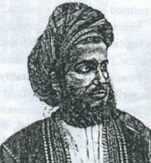


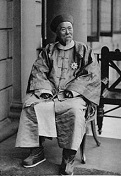




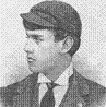










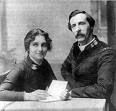














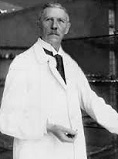














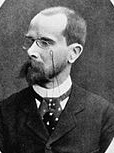

















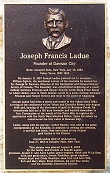

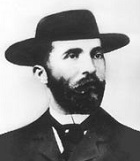





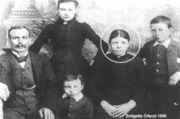
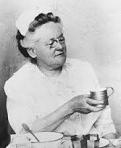
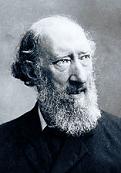



















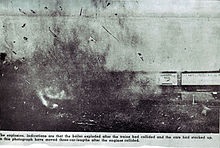

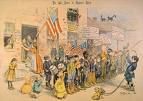
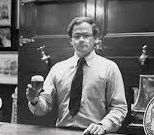
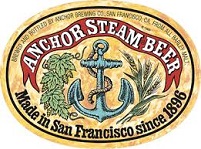



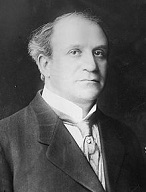
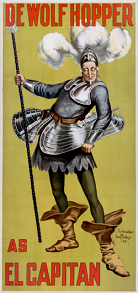
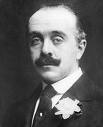




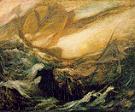
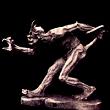



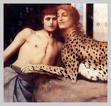

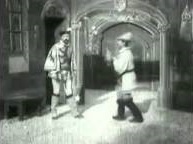

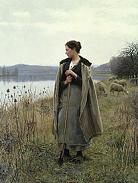









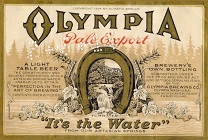
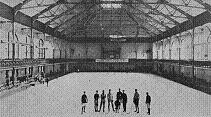
1896 On Jan. 1 the Venezuelan Boundary Commission, chaired by Oscar II of Sweden and Norway is formed to settle the boundary dispute between Venezuela and Britain (ends 1897); Johns Hopkins U. pres. Daniel Coit Gilman is a member. On Jan. 2 Dr. Leander Starr Jameson is defeated at Doornkop ("thorn hill"); on Jan. 3 Kaiser William (Wilhelm) II sends the Kruger Telegram, congratulating Pres. Paul Kruger and offering military aid in a misguided attempt to win British friendship, which backfires, causing the British govt. to seek an agreement with France and Russia, resulting in a Jan. 15 agreement with France abandoning British claims in Siam, but no deal with the Russkies; on Jan. 6 Cape Colony PM #7 (since July 17, 1890) Cecil Rhodes resigns after being implicated in the Jameson Raid, effective Jan. 12. On Jan. 4 after a ban on polygamy is written into the state constitution, "Beehive State" Utah (Ute "people of the mountains") is admitted as the 45th U.S. state; a debate begins about whether to call a resident of Utah a Utahan or a Utahn (ends ?) - are you my tah, er, pah? On Jan. 4 Prince Henry of Battenberg arrives in Africa, and promptly contracts malaria at Prahsu (30 mi. from Kumasi), is shipped back, and dies on HMS Blonde en route on Jan. 20; on Jan. 20 after British troops arrive in Kumasi, Prempeh I of Ashanti submits to the gov. of Cape Coast without a fight, and is arrested along with his royal family, ending the Fourth British-Ashanti War (begun 1895); on Jan. 1, 1897 they are deported to Sierra Leone then the Seychelles, clearing the way for British annexation of Going Going Ghana in 1902; Prempeh returns in 1924 as a private citizen, and after petitions from his sujects he is reenstooled, er, reinstalled on the Golden Stool in 1926, ending up dying in 1931 when a giant tree falls on him - Ghana is ready for Shirley Temple Black? In Jan. a 24-day heat wave in Australia sees temps reach 48C, killing 437 incl. many children; the max temp is above 38.8C for 3+ weeks. On Feb. 11 King Kojong of Korea flees to the Russian legation during yet another uprising, remaining under Russian protection for the next year while being used by the Russians to gain dominance, resulting on June 9 in the Lobanov-Yamagata Agreement, establishing a condominium with Japan; Russia sends advisors, founds a Russian-Korean bank, and gains timber and mining concessions. In Feb. Tsar Nicholas II and Bulgarian Prince Ferdinand kiss and make up, and Crown Prince Boris (b. 1894) is baptized into the Russian Orthodox faith, causing Russia to begin securing the recognition of Ferdinand by the powers - here's a cute little icon, boy? Oops, a bunch of African blacks kicks lily-white Italian butt in a fair fight? On Mar. 1-2 the Ethiopians (Abyssinians) under Emperor Menelik II disastrously defeat the Italians at the Battle of Adowa (Aduwa), ending the First Ethiopian War (begun 1885); Italy withdraws its protectorate, and Italian commissioners are forced to kneel in front of black guys on thrones, causing Humbert I's popularity to tank, and Francesco Crispi's cabinet to fall; seeing their chance, Crispi's many enemies charge him with embezzlement and get him censured but not prosecuted, allowing him to get reelected to the chamber of deputies, only to become a whimp because of ill health? On Mar. 10 after the Adowa disaster causes Giovanni Giollit's cabinet to fall, Antonio Starabba becomes PM of Italy again (until June 29, 1898). On Mar. 12 the British under Maj. Gen. (later field marshal) Horatio Herbert Kitchener, 1st Earl Kitchener (1850-1916) begin the reconquest of the Sudan from the Mahdists by an advance on Dongola with a simultaneous plan to protect the Nile River from designs of the pesky French, building a railway for supply. On Mar. 21 William Q. Judge (b. 1851) dies in New York City, and Katherine Tingley (1847-1929) becomes leader of the Theosophical Society, going on to move the HQ in 1900 to Point Loma (near San Diego), Calif. In Mar. British Gen. Sir Robert Stephenson Smyth Baden-Powell (1857-1941) easily puts down the Second Matabele War in Rhodesia (ends Oct. 1897) of the Ndebele-Shona, which the Africans call the First Chimurenga War (Shona for struggle); after the rise of Communism, the Shona get even with the Brits in the Second Chimurenga War of 1966-80. On Apr. 6 recently widowed (1892) 62-y.-o. former U.S. pres. (1889-93) Benjamin Harrison (b. 1833) marries his wife's much younger widowed (married for 11 weeks) 38-y.-o. niece Mary Scott Lord Dimmick (1858-1948) (who had moved into the White House in 1889 to be his wife's asst., allowing him to play head of the nation with her?), shocking his grown children, who snub the marriage; they skip the honeymoon and go right into rabbit raising in Indianapolis, and have no sons and 1 daughter, atty. Elizabeth Harrison Walker (1897-1955), finding time to go to Venezuela to help settle the boundary dispute; when her old fart hubby dies in 1901, she spends her last 47 years as a widow, for a total of five years of marriage with two men. On Apr. 6-15 the modern I (1st) Summer Olympic Games, organized by Pierre de Coubertin and the Union des Sport Athletiques are held in Athens, Greece (that's in Europe not Asia), with 241 athletes (all men) from 14 countries; the U.S. team is almost late in arriving on the German freighter Barbarossa because they didn't know that Greece still uses the Old Style calendar; the first championship (silver not gold) medal is awarded to Boston-born James Brendan Bennet Connolly (1868-1957) of the U.S. (who takes a leave of absence from Harvard, and is robbed in Naples and has to chase the bum down to get his boat ticket back) for the hop, skip, and jump (triple jump) (13.71m, almost 1m ahead of #2), making him the first Olympic champ since 389 C.E. (he also comes in 2nd in the high jump and 3rd in the long jump); crouch-starter (Boston U. student) Thomas Edmund "Tom" Burke (1875-1929) of the U.S. wins the 100m dash in 12.0 sec. and the 400m in 54.2 sec.; the Greeks remain winless until the last event, the marathon (ending in Panathenaic Stadium), which is won by 23-y.-o. mineral water supplier Spiridon (Spyridon) "Spiros" Louis (1873-1940); Haralambos Vassilakos of Greece places 2nd, and yet another Greek, Dimitries Velokas places 3rd; later it is discovered that Velokas had hidden a horse and carriage in a park and ridden part of the way, so his medal is stripped from him and awarded to Gyulla Kellner (1871-1940) of Hungary. On Apr. 23 the first commercial moving picture shows are viewed by the U.S. public at Koster and Bial's Music Hall on 34th St. in New York City; on June 26 Vitascope Hall on Canal St. in New Orleans, La. opens, becoming the first movie theater in the U.S.; New Orleans also had the first U.S. opera house in 1796, and also originates jazz; On June 29 the Keith-Albee vaudeville theater circuit stages the first U.S. exhibition of the Lumiere Cinematographe at the Union Square Theatre in New York City; on Oct. 19 the Edisonia Parlors and Vitascope Hall in the basement of the Ellicott Square Bldg. at 305 Main St. in Buffalo, N.Y. becomes the first in Buffalo; Connellsville, Penn.-born electrician Edwin Stanton (Stratton?) Porter (1870-1941) is hired by Raff & Gammon of New York City, agents for the films and projectors of Thomas Edison, then quits to tour with the Projectorscope from the Internat. Film Co. of Kuhn and Webster, visiting the West Indies, South Am., Canada, and back to the U.S., returning to New York in 1898 and working at the Eden Musee in Manhattan, showing Edison films of the Spanish-Am. War before joining Edison Manufacturing Co. in 1899, soon rising to head of the studio, becoming the #1 filmmaker in the U.S. in the 1900s decade. On Apr. 27 Sir Mackenzie Bowell resigns, and on May 1 seven days after parliament dissolves, Conservative Nova Scotia PM (1864-7) (Baptist) Sir Charles Tupper, 1st Baronet (1821-1915) becomes PM #6 of Canada 69 days before the election, which he loses on July 8 (shortest term as Canadian PM until ?) after the Liberals favor rights for French-speaking Manitobans; on July 11 Sir Henri Charles Wilfrid Laurier (1841-1919) becomes PM #7 of Canada (until Oct. 6, 1911), becoming the first Francophone Canadian PM, uttering the soundbyte: "Canada is free and freedom is its nationality", going on to work to establish Canada as autonomous within the British empire, even if it never becomes a melting pot like you know what down south. On May 1 ignorant dissolute Persian shah (since Sept. 17, 1848) Naser al-Din Shah Qajar (b. 1831) is assassinated in Tehran in a shrine while celebrating his 50th anniv. by Mirza Reza Kermani, and his intellectual and well-pleasured son Mozaffar al-Din Shah Qajar (1853-1907) becomes Qajar shah #5 of Persia (until 1907), going on to found the Iranian constitution and Iranian cinema while enjoying his wives and boys, and once giving the main garrison of Tehran to his boy ho Little Satan while drunk. On May 4 after acquiring The Evening News in 1894, Alfred Harmsworth (1865-1922) (later Lord Northcliffe) and his brother Harold Harmsworth (1868-1940) (later Lord Rothermere) begin pub. the London Daily Mail, with the mottoes "The busy man's daily journal" and "The penny newspaper for a halfpenny", setting the world record for daily circ., going on to acquire the Weekly Dispatch (founded Sept. 27, 1881) and turn it into the Sunday (Weekly) Dispatch, which becomes the highest circ. Sun. newspaper in Britain, merging on June 18, 1961 with the Sunday Express, going on to become the 2nd biggest-selling U.K. newspaper after The Sun; in Feb. 2017 editors of Wikipedia vote to ban it as an unreliable source. On May 8 Utah adopts the 1896 Utah Constitution. On May 18 Sheikh Al-Sabah (1837-1915) (whose portrait bears a striking resemblance to actor Anthony Quinn (1915-2001)?) becomes ruler of Kuwait (until Nov. 28, 1915) after killing his two brothers Mohammad I and Jarrah, claiming to liberate it from the Ottomans. On May 18 after passing-for-white passenger Homer Plessy (1863-1925) (African-Am. great-grandmother) of New Orleans, La. is set up by the New Orleans Committee of Citizens and refuses to leave a railroad car reserved for (pure) whites only and is jailed under a La. law, allowing the committee to fight it in court, the U.S. Supreme (Fuller) Court rules 7-1 in Plessy v. Ferguson that no person is denied any of his rights under the 14th Amendment (due process) if the states provide "separate but equal" (white and black) public facilities (overturned in 1956); justice David Josiah Brewer doesn't participate in the decision; John Marshall Harlan dissents, claiming that segregating the races on public transports denies blacks equal protection of the laws; the decision shuts blacks out for the next 75 years, and stiffens black determination, with the committee uttering the soundbyte: "We, as freemen still believe that we were right and our cause is sacred" - what about that skunky African armpit odor, and what if a black buck is left alone with an unattended prime white female - case closed until the Jews come to the rescue? On May 26 the first Dow Jones Industrial Average is pub., consisting of a dozen stocks (40.94). On May 27 255 people are killed by a tornado in St. Louis, Mo. and East St. Louis, Ill. In late May gold is discovered at Fortymile Creek in Alaska, followed on Swedish engineer ? Andre explores the Arctic in a balloon. On June 6 George Samuelson and Frank Harpo leave New York Harbor in an 18-ft. rowboat, arriving 56 days later on the Scilly Islands off England, becoming the first to row across the Atlantic Ocean. On June 16-18 the 1896 Repub. Nat. Convention in St. Louis, Mo. Penn. is sewn-up in advance by president-maker Marcus Alonzo Hanna, who bills his protective tariff loving man Ohio Gov. William A. McKinley as the "Advance Agent of Prosperty", and fights off House Speaker Thomas Brackett Reed's bid to get him nominated on the first ballot, then changes pres. campaigns forever with new advertising-style campaign practices that make a monkey out of old fashioned William Jennings Bryan; McKinley's close friend Garret A. Hobart of N.J. is nominated for vice-pres.; when the party platform adopts a gold plank, a small group of Western "Silver Republicans" bolt. On June 19-Mar. 9 the Leadville Miners' Strike sees silver miners protesting low wages backed by the Western Federation of Miners (WFM) defeated by the owners, who almost get the union dissolved, turning its leaders radical and militant and leaving the Am. Federation of Labor (AFL). On July 1 the Malay Treaty of Federation unites Perak, Selangor, Negri Sembilan, and Pahang as the Federated Malay States (FMS) (unitl 1946) under the British gov. of the Straits Settlements, while retaining separate British residents; it counts 218K people in a census, of whom only 53% are Malays, the rest Chinese and Indians; the Unfederated Malay States (UMS) of Johore, Kedah, Perlis, Kelantan, and Terengganu have a similar composition. On July 2 So Chae-p'il (Philip Jaisohn) (1864-1951) (recently returned from the U.S., where he studied medicine) founds the Independence Club in Korea, lobbying against foreign imperialism (ends 1898). On July 4 Congress approves a new U.S. flag with 45 stars (design #23), which now incl. Utah; no more changes for 12 years as the U.S. slides into the 20th cent. with 45 states, gaining 30 this cent. On July 7-11 the 1896 Dem. Nat. Convention in Chicago, Ill. is held; at first no candidate stands out, until strong-voiced 36-y.-o. 3-term Neb. rep. William Jennings Bryan (1860-1925) gives his pro-silver Cross of Gold Speech on July 9, electrifying the audience with the soundbyte "You shall not crucify mankind upon a cross of gold", and the "Boy Orator of the Platte" is nominated for pres. the next day on the 3rd ballot; wealthy Maine shipbuilder Arthur Sewall (1835-1900) is nominated for vice-pres.; after getting pissed-off at Bryan for picking anti-trade union candidate Sewall, the People's (Populist) Party splits with Bryan, nominating anti-Roman Catholic, anti-black (pro-KKK), anti-Semitic (later anti-WWI, anti-Wilson, anti-League of Nations) Thomas Edward "Tom" Watson (1856-1922) of Ga. for vice-pres., who goes on to receive 217K votes; the anti-Bryan anti-free-silver 1896 Nat. "Sound Money" Dem. Party (Gold Dems.) Convention in Indianapolis, Ind. nominates former Ill. gov. and Civil War Union gen. John McAuley Palmer (1817-1900) for pres., and former Ky. gov. and Civil War Confed. Gen. Simon Bolivar Buckner Sr. (1823-1914) of Ky. for vice-pres.; Emporia Gazette ed. ("the Sage of Emporia) William Allen White (1868-1944) of Kan. pub. the article "What's the Matter with Kansas?", attacking Bryan, Dems., and Populists for frightening capital away from Kan. with their anti-business policies, which becomes a hit, causing the Repubs. to distribute hundreds of thousands of copies, making him a nat. figure. On July 18 the Daughters of the Confederacy is formed in Atlanta, Ga. with an initial membership of 100. On July 28 after Standard Oil Co. co-founder Henry Morrison Flager (1830-1913) builds the Fla. East Coast Railway and finds out that the Great Orange Belt Freeze of 1894-5 spared the Miami River, and purchases the land from ("the Mother of Miami") Julia DeForest Tuttle (nee Sturtevant) (1849-98), then finances its development, the city of Miami, Fla. (modern-day pop. 450K/5.5M) in Dade County on Biscayne Bay (named after the Mayaimi (Maymi) (Maimi) people) is incorporated, Flagler graciously declining the honor of having it called Flagler - it would later have been nice to call it Fagler? In July after black women's clubs are refused permission to exhibit at the 1893 Chicago World's fair, the Nat. Assoc. of Colored Women (NACW) (changed in 1904 to Nat. Assoc. of Colored Women's Clubs) in Washington, D.C. is founded by Harriet Tubman (1820-1913), Frances Ellen Watkins Harper (1825-1911), Josephine St. Pierre Ruffin (1842-1924), Mary Church Terrell (1863-1954) (pres. #1) et al. from 100+ black women's clubs, going on to campaign for women's suffrage and against Jim Crow laws and lynching, reaching 300K members by 1918. On Aug. 16 gold is discovered at the Discovery Claim in Bonanza Creek (originally Rabbit Creek) in Yukon Territory launching the Klondike Gold Rush (ends 1899) of 100K mostly disappointed prospectors, who discover millions of dollars in gold; after gold is discovered in Birch Creek, Circle, Alaska 50 mi. S of the Arctic Circle 160 mi. NE of Fairbanks, founded in 1893 as a transit point between the Yukon River and Bering Sea reaches 700 pop., then dwindles after gold is discovered in Nome in 1899, later becoming the unofficial terminus of the Pan-Am. Highway; next Jan. Dawson City in Yukon Territory 17km N of the Discovery Claim is founded by Joseph Francis "Joe" Ladue (1855-1901), who names it after Canadian geologist George Mercer Dawson (1849-1901), becoming the center of the gold rush and the capital of Yukon Territory in 1898-1952; next July 29 Skagway on the Alaska Panhandle is founded after the steamer Queen docks at Moore's Wharf, growing to 8K by spring 1898 and 10K by June 1898, becoming the largest city of Alaska, who are worked over by crime boss Jefferson Randolph "Soapy" Smith II (1860-98), who gives the town its rep as "little better than a hell on earth". On Aug. 16 William Allen White (1868-1944), owner of the Emporia Gazette pub. the editorial "What's the Matter With Kansas?", rocketing him to nat. fame with Repubs., after which he becomes good friends with Theodore Roosevelt and the unofficial spokesman for middle America. On Aug. 17 Bridget Driscoll (b. 1825) becomes the first person to die in a gasoline engine automobile accident after an automobile belonging to the Anglo-French Motor Carriage Co. runs over her on the grounds of the Crystal Palace in Hyde Park, London. On Aug. 23 the Philippine rev. against the Spanish breaks out with the Cry of Balintawak (Pugadlawin), led by Katipunan founder Andres Bonifacio; unfortunately the intellectuals (ilustrados) don't back the rebels?; on Nov. 11 the Spanish are repulsed by Filipino rebels under Emilio Aguinaldo (1869-1964) in Cavite at the Battle of Binakayan (their first V), causing the rebellion to spread to other provinces; on Dec. 30 Jose Rizal is executed (shot), increasing popular resentment and adding fuel. On Aug. 25 sultan (since 1893) Sayyid Hamad bin Thuwaini al-Busaid dies, and his nephew Sayyid Khalid bin Barghash al-Busaid (1874-1927), eldest son of sultan #2 Sayyid Barghash bin Said al-Busaid seizes power from the British choice Hamoud bin Mohammed, becoming sultan #6, which pisses them off, causing them on Aug. 27 to issue an ultimatum at 8:00, then start a war which begins at 9 a.m. and ends 36-45 min. later after British warships open fire and the new sultan hastily surrenders, becoming the shortest war on record (until ?); al-Busaid flees to Zanzibar, and on Aug. 28 Hamoud bin Mohammed (1853-1902) becomes sultan (until July 18, 1902), paying the Brits back by banning slavery next year, for which Queen Vicky decorates him. On Aug. 26 Armenians of the Dashnak Party seize the Ottoman Bank in Constantinople (Istanbul), setting off large-scale massacres of Armenians there while pleas for European intervention go unheeded. In Aug. the 10-day 1896 Eastern North Am. Heat Wave from Chicago, Ill. to Newark, N.J., New York City, and Boston, Mass. kills 1.5K esp. manual laborers despite NYC police commissioner Theodore Roosevelt ordering free ice distributed at police stations and permission to sleep in New York City parks so they won't fall off their roofs at night when the temps don't drop. In Aug. Chinese ambassador ("the yellow Bismarck") Gen. Li Hung-chang (Li Hongzhang) (1823-1901) visits the U.S., causing Chop Suyi, er, Chop Suey to become popular in the U.S. after his chef allegedly devises it in New York City. On Sept. 8 Russia and China sign the Manchuria Convention. On Sept. 15 the Crash at Crush between Dallas an Houston, Tex. sees a staged head-on train crash by the Mo.-Kan.-Tex. (Katy) Railroad attended by 40K end in disaster when the boilers of both engines explode, sending flying debris that kills two and injures several; ragtime composer Scott Joplin copyrights the "Great Crush Collision March" on Oct. 15. On Sept. 18 Federico Errazuriz (Errázuriz) Echaurren (1850-1901), son of former pres. Federico Errazuriz Zanartu becomes pres. of Chile (until July 12, 1901). On Sept. 28 Pathe Freres (Pathé Frères) film studio is founded in France by the Pathe Brothers Charles, Emile, Theophile, and Jacques, becoming the world's largest film equipment and production co. by the early 1900s; in 1908 they invent the newsreel. On Sept. 29 (Michaelmas) the first Ford Lecture in British History at Oxford U., named after benefactor James Ford (1779-1851) is delivered by English historian Samuel Rawson Gardiner (1829-1902). On Oct. 13 amateurs George Law, Jim Shirley, and "The Kid" Pierce rob the Bank of Meeker in NW Colo. about 3 p.m., but it goes bad when they emerge to face armed citizens, causing them try and take hostages, backfiring in the killing of all three. In Oct. Bradley U. (originally Bradley Polytechnic Inst.) in Peoria, Ill. is chartered by philanthropist Lydia Moss Bradley (1816-1908). On Nov. 3 after William Jennings Bryan tries to change the main campaign issue from protective tariffs to free silver, stumping 13K mi. across the country at 600 speaking stops, McKinley prefers to campaign from his front porch in Canton, Ohio, receiving a total of 750K persons between June and Nov., delivering campaign speeches in which he is fond of saying "of the government", while big Repub. money makes up the difference with an antisilver "educational campaign" of hundreds of millions of pamphlets, McKinley wins the 1896 U.S. Pres. Election, defeating Bryan by 7M popular (271 electoral) votes to 6.5M popular (176 electoral) votes. On Nov. 15 an article in the New York Journal observes that Bloomers are becoming fashionable for female bicycle riders in Paris, even when not biking; modern female underwear evolves from these, as women find their first way to be free of the family jeweler for awhile by biking. On Nov. 16 impresario Oscar Hammerstein I (1847-1919), owner of the Manhattan Opera House decides to get out of financial trouble by switching the best known talent to the worst, and introduces the god-awful Cherry Sisters, Elizabeth, Effie, Jessie, and Addie at the Olympia Theatre in New York City, who end up performing behind a wire screen as they sing "Cherries ripe, Boom-de-ay, Cherries red, Boom-de-ay, the Cherry Sisters have come to stay"; when it folds, he goes back to high quality fare. On Nov. 25 William Marshall of London receives the first parking ticket after leaving his car in Tokenhouse Yard; the case is dismissed. The Nobel Prizes are born with a bang or a whimper? On Dec. 10 dynamite king Alfred Nobel (b. 1833) dies of heart trouble after uttering the immortal soundbye "Isn't it the irony of life that I have been prescribed nitroglycerin to be taken internally?", and in his (ironic?) will establishes the Nobel Prizes in peace, literature, physics, chemistry, and medicine or physiology (but not math, why?), which begin to be awarded in 1901 (so it's easier to remember who goes with what?); all prizes are chosen by a Swedish academy except peace, which he insists be chosen by a committee of five chosen by the Norwegian Storting, to be awarded to "the most or the best work for fraternity among nations, for the abolition or reduction of standing armies and for the promotion of peace congresses"; have to wait till 1969 for economics; a life bachelor, what woman would want a man who says that "No happiness goes with inherited fortune"? :) - noble gases are inert, Nobel gases are a blast? Niger is incorporated into French West Africa, joining Senegal, Mali, Mauritania, Guinea, Ivory Coast, and Upper Volta (Dahomey in 1904). France annexes Madagascar. The British declare a protectorate over Sierra Leone, pissing-off local tribes. A military alliance is formed between Transvaal and Orange Free State. An Anglo-French Concord guarantees the independence of Siam (Thailand). The Cretan Revolt against Turkish rule begins in Crete (ends 1897), with Christians rebels proclaiming union with Greece. The Triple Alliance is tacitly renewed for another six years. Afghanistani emir Abdul Rahman Khan conquers the polytheistic territory of Kafiristan in the Hindu Kush region of Afghanistan and Pakistan, and forces the Kafir pop. to convert to Sunni Islam, integrating it as the province of Nurestan (Land of Light). Tsar Nicholas II visits Paris and London. Who's-dat type poet Alfred Austin (1835-1913) becomes poet laureate of England after Queen Victoria passes over better Welsh poet Sir Lewis Morris (1833-1907) because of his friendship with notorious sodomite Oscar Wilde, and even better 31-y.-o. English poet Rudyard Kipling (1865-1936), who pisses her off by calling her "Missis Victorier" and "the widow of Windsor"? Butch Cassidy and the Sundance Kid move to a remote area of Wyo. known as the Hole in the Wall. Russian rev. leader Catherine Breshkovsky (1844-1934) returns from exile in Siberia (since 1878), and founds the Socialist Revolutionists, which in 1902 becomes the Socialist Rev. Party after she flees to Switzerland in 1900, becoming known as the Babushka (Grandmother) of the Russian Rev. Utah and Idaho become the 2nd and 3rd U.S. states to allow women the vote; Ill.-born Abigail Jane Scott Duniway (1834-1915) leads the effort in Idaho, followed by Wash. in 1910, and Ore. in 1912. The building of the East African Kenya-Uganda Railway from Lake Victoria to Mombasa is disrupted by two maneless 9-ft.-long killer lions nicknamed "Ghost" and "Darkness", who kill 28 laborers plus a bunch of natives (allegedly up to 135 total) before white engineer Lt.-Col. John Henry Patterson (1867-1947) calls in big game hunter Remington (Michael Douglas) while Man Friday, er, Samuel (John Kani) sees omens in the meaning of the name Tsavo River, which is "place of slaughter"; in 2009 scientific studies indicate that they really only ate 4-72, most likely 35; subject of the Stephen Hopkins' 1996 film The Ghost and the Darkness, starring Val Kilmer as Patterson. Victoria, Australia enacts minimum wage legislation, with a board on which workers and employers have equal representation, becoming the model for the 1909 British Trade Boards Act. The city of Harbin (Manchu "place for drying fishing nets") in Heilongjiang Province, NE China (modern-day pop. 10.6M) becomes the main construction center for the Chinese Eastern Railway through Manchuria, which by 1904 links the Trans-Siberian Railroad coming from E Lake Baikal, Siberia with the Russian port of Vladivostok on the Sea of Japan (East Sea); during the 1904-5 Russo-Japanese War it becomes a base for Russian military operations; after the 1917 Russian Rev. it becomes a haven for refugees, with the largest pop. of any Russian city outside the Soviet Union, gaining the nickname "Eastern Moscow"; in the 1920s it becomes China's fashion capital; in 1985 it begins hosting the annual winter ice sculpture festival in 2004 it is voted China's top tourist city. The U. of the Witwatersrand (originally South African School of Mines until 1904, then Transvaal Technical Inst. until 1906, Transvaal U. College until 1910, South African School of Mines and Technology until 1920, and Univ. College, Johannesburg until 1922) is founded in Johannesburg, South Africa, becoming the #1 univ. in South Africa; in 1959 the Extension of University Education Act forces it to comply with apartheid, ending its policy of admitting black students on merit; in 1990 apartheid is abolished, and the univ. is desegregated; alumni incl. writer Nadine Gordimer and rocker Manfred Mann - you were divine, it's been three years, get on with it? The Royal Victorian Order is founded to recognize distinguished personal service to the British monarch and/or his/her family or viceroy; the official day is June 20, its chapel is the Savoy Chapel, its motto is "Victoria". The Irish Agricultural Org. Society is founded to try to rehabilitate Ireland's ruined agriculture. The Am. Nurses Assoc. (ANA) (originally the Nurses Associated Alumnae of the United States of America) is founded in New York City, moving the HQ to Silver Spring, Md.; it goes on to found the Am. Nurses Foundation (1955), the Am. Academy of Nursing (1973), and the Am. Nurses Credentialing Center (1973). Ballington Booth (1857-1940), son of Salvation Army founders William and Catherine Booth, who was U.S. cmdr. from 1887, leaves the org. after a dispute with his father on methods of operation and founds the Volunteers of America (VOA) with his wife Maud Ballington Booth (nee Charlesworth) (1865-1948). The Carnegie Museum of Art in Pittsburgh, Penn. is founded. Niagara Falls opens to the public. New York becomes the first U.S. state to regulate the accounting profession. The Nat. Portrait Gallery in London is moved from Bethnal Green to Westminster. Theatrical mgrs. and booking agents Charles Frohman (1856-1915), Al Hayman (1847-1917), Abraham Lincoln "Abe" Erlanger (1859-1930), Marcus "Marc" Klaw (1858-1936), Samuel Frederic Nixon-Nirdlinger (1848-1918), and Fred Zimmermann of Philly form the Theatrical Syndicate in New York City, which goes on to gain a monopoly over the entire U.S. (until 1910); about this time Woodlawn Cemetery (founded in 1863) George M. Cohan, and Antoinette Perry, musicians incl. Miles Davis, Duke Ellington, W.C. Handy, and Max Roach, and writers incl. Joseph Pulitzer, Damon Runyon, Countee Cullen, and Herman Melville. After being fired from Mignon in 1894 for messing up the words, Italian tenor Enrico Caruso (1873-1921) becomes a star performing in La Traviata at the Teatro del Fondo in Naples. Italian actress Eleonora Duse (1858-1924) makes a triumphant tour of the U.S., which turns on pres. Grover Cleveland and his wife, who shocks Washington society by giving the first-ever tea for an actress. Am. outlaw John Wesley Hardin (1853-95) is released from prison after being sentenced to 25 years in 1877 for multiple murder, and pub. The Life of John Wesley Hardin As Written by Himself, which is made into the 1953 film The Lawless Breed, starring Rock Hudson (dir. by Raoul Walsh). The chandelier at the Paris Opera falls, later becoming a main prop of the play "Phantom of the Opera". Freiberg, Moravia-born Austrian Jewish neurologist Sigmund Freud (1856-1939) coins the term "psychoanalysis". The Coptic Berlin Codex 8502 (Akhmim Codex) is discovered in Akhmim, Egypt, containing three Gnostic documents not destroyed by the Church, incl. The Gospel of Mary (fragmentary), The Apocryphon of John, and The Sophia Jesu Christi; they are not pub. until 1955 - the real Da Vinci Code? Jewish-Am. publisher Adolph Simon Ochs (1858-1935) buys the New York Times. Parsons School of Design (Parsons The New School for Design) (originally the Chase School) in Greenwich Village, N.Y. is founded by Impressionist painter William Merritt Chase (1849-1916), becoming the first school in the U.S. to offer programs in fashion design, graphic design, interior design, and advertising; graduates incl. artists Alexander Calder, Jasper Johns, Roy Lichtenstein, and Norman Rockwell, and fashion designers Tom Ford, Donna Karan, Marc Jacobs, Isaac Mizrahi, Anna Sui, Alexander Wang, and Jason Wu. English cartoonist Phil May (1864-1893) joins Punch. Elizabeth Meriwether Gilmer (1861-1951) becomes ed. of the women's section of the New Orleans Picayune (until 1901), writing a love advice column under the title "Dorothy Dix Talks", later adopting the name. Elizabeth Cady Stantin is nearly expelled from the suffrage movement because she challenges patriarchal Christianity. George Bernard Shaw pub. the article Blaming the Bard in Saturday Review, dissing Shakespeare, with the soundbyte: "This immortal pilferer of other men's stories and ideas, with his monstrous rhetorical fustian, his unbearable platitudes, his pretentious reduction of the subtlest problems of life to commonplaces against which a Polytechnic debating club would revolt, his incredible unsuggestiveness, his sententious combination of ready reflection with complete intellectual sterility, and his consequent incapacity for getting out of the depth of even the most ignorant audience, except when he solemnly says something so transcendentally platitudinous that his more humble-minded hearers cannot bring themselves to believe that so great a man really meant to talk like their grandmothers." The art nouveau mags. Die Jugend (Ger. "Youth") (July 4) and Simplicissimus begin pub. in Munich (until 1926). The Taft School in Watertown, Conn. is founded by Horace Dutton Taft (1861-1943). William Nicholas Selig (1864-1948) founds Selig Polyscope Co. in Chicago, Ill., starting out making industrial films before moving to Edendale, Calif. in NW Hollywood in 1909. Parlophone (Parlophon) is founded in Germany by the Carl Lindstrom Co., becoming a top jazz label in the 1920s; in 1927 it is acquired by Columbia Graphophone Co., which later becomes EMI. The comic strip The Yellow Kid by Richard Felton Outcault (1863-1928) debuts in the New York Journal after Outcault suggests that a 1-toothed figure in "Hogan's Alley" in New York World appear in bright yellow clothes to make him more popular last year; its name supplies the term "yellow journalism" for dishonest reporting by the New York World et al.; next year the comic is transferred to the New York Herald, becoming the first cartoon character to be commercially merchandised, incl. on gum, toys, and cigarettes. The cable-driven Underground Railway (shooglie) opens in Glasgow. The Niagara Falls hydroelectric plant opens. after Southern farmers complain about depleted infertile soil from generations of cotton monoculture, freed slave ("magician in the lab") George Washington Carver (1864-1943) becomes dir. of agricultural research at Tuskegee Inst. in Ala., pioneering Chemurgy, the science of using agricultural products for commercial uses, going on to develop 100+ products from the sweet potato and 300+ products from the peanut, freeing the Am. South from the bondage of the cotton crop while confounding theories of black racial inferiority. 17-y.-o. Albert Einstein drops out of highs school, loses his German citizenship, and enrolls in the Swiss Federal Polytechnic School in Zurich; in 1901 he graduates at the bottom of his class, becomes a Swiss citizen, and gets the lowest ranking position for an engineer at the Swiss Patent Office, technical asst., goiing on to pub. four groundbreaking physics articles in Annalen der Physik in 1905 and gaining a doctorate from the U. of Zurich plus worldwide support from Zionists, finally getting an appointment as assoc. prof. at Zurich U. in 1909. Am. sculptor John Quincy Adams Ward (1830-1910) becomes the first pres. of the Nat. Sculpture Society, which designs the Soldiers' and Sailors' Monument in Syracuse, N.Y., the Statue of Gen. Sheridan in Washington, D.C., and the Statue of Gen. Winfield Scott Hancock in Philly. Chicago judge Goggin dismisses robbery charges brought against notorious hos Kitty Adams ("Terror of State Street)" and Jennie Clark, who go on to carry out 100+ violent robberies after luring johns into dark alleys and pulling knives on them, causing police to call them the "Kitty and Jennie Gang". Bohemian-born Austrian composer Gustav Mahler (1860-1911) converts from Judaism to Christianity - got an idea from the Dreyfus affair? San Francisco, Calif.-born William Randolph Hearst (1863-1951), owner (since 1887) of the San Francisco Examiner buys the failing New York Morning Journal, hiring top writers incl. Stephen Crane and Julian Hawthorne and starting a circulation war with Joseph Pulitzer, stealing his Sunday staff along with color comics inventor Richard F. Outcault, and engaging in yellow journalism to boost circ., becoming the only major Eastern newspaper to support William Jennings Bryan and his Bimetallism this year. The New York World becomes the first newspaper with a color supplement, using a new 4-color printing press, and featuring the Yellow Kid cartoon "Hogan's Alley". Adolf Brand (1874-1945) of Berlin, Germany founds Der Eigene, the first homosexual journal in the world (ends 1931), followed in 1903 by Geimeinschaft der Eigenen, the 2nd gay org. in the world; too bad, after he outs German chancellor Prince von Bulow in 1907, and ends up in priz for 18 mo., then gets two more mo. for obscenity, he joins the German army in WWI and marries a female nurse, then returns to activism during the 1920s, only to see the Nazis come down on him so hard that he gives it up completely by the early 1930s. After selling his Gladiator Bicycle Co., Pierre Alexandre Darracq (1855-1931) founds Automobiles Darracq S.A. in Suresnes (near Paris), France, expanding by 1905 to Britain, Italy, and Spain; in 1900 they produce their first car, the Darracq 6-1/2 HP, with a wood chassis, which sells 100 units; in 1902 they begin producing cars in Germany with Adam Opel; in 1904 they produce the Darracq Flying Fifteen, with a pressed steel chassis, capturing 10% of the French market; in 1920 the British arm buys it out, then sells it to the Rootes group in 1935, ending it as a distinct marque. The Anchor Brewing Co. is founded in San Francisco, Calif. by Ernst F. Baruth and his son-in-law Otto Schinkel Jr. to produce steam beer (Calif. common beer), which has been fermented sans refrigeration ever since the 1849 Calif. Gold Rush; in 1906 the brewery burns down after the Great San Francisco Earthquake, and is rebuilt in 1907; after reopening in 1933 it burns down again, and is rebuilt again; in 1965 it is saved from bankruptcy by Frederick Louis "Fritz" Maytag III (1937-), great-grandson of Maytag Corp. founder Frederick Louis Maytag, who returns it to its original brewing method, then helps competitors learn microbrewing technology to keep his brewery from having to get too big and lower the quality; in 1981 they trademark the term Steam Beer. Olympia Brewing Co. is founded in Tumwater, Wash. at the S end of Puget Sound by German immigrant Leopold Friedrich Schmidt to produce Olympia Beer, made with water from artesian wells, with the slogan "It's the water", becoming popular in the Pacific Northwest through the 1960s, and a favoite of Clint Eastwood, who features it in his films; too bad, sales flatten in the 1970s, which it tries to rescue by acquiring Hamm's and Lone Star in the 1970s until selling-out to Stroh in 1996, which is acquired in 1999 by Pabst; in 2003 the Tumwater brewery is closed, but is contract-brewed by MillerCoors in Los Angeles, Calif. Sports: On Jan. 3-Mar. 7 the 1896 Amateur Hockey Assoc. of Canada (AHAC) Season sees the Montreal Victorias with with a 7-1 record; on Feb. 14 the Winnipeg Victorias of the Manitoba Hockey Assoc. (MHA) defeat the Montreal Victorias 2-0 to win the Stanley Cup, becoming the first non-AHAC team; on Dec. 30 the Montreal Victorias defeat the Winnipeg Victorias 6-5 to win the Stanley Cup back. On Jan. 18 the first intercollegiate basketball game with five players per side sees the U. of Chicago (coach Amos Alonzo Stagg) defeat the U. of Iowa in Iowa City by 15-12. On Sept. 24-Oct. 3 the 1.71km 1896 Paris-Marseille-Paris Race, the world's first open motor race has 31 entrants, and is won by Emile (Émile) Mayade (1853-98) (who came in 7th in the 1894 Paris-Rouen race) in an 8 hp Panhard et Levassor, the first-ever 4-cylinder car. Geneva, Ohio-born automotive pioneer Ransom Eli Olds (1864-1950) races Grangemouth, Scotland-born automotive pioneer Alexander Winton (1860-1932) in his Olds Pirate racing car at Daytona Beach, Fla., beating him by 0.20 sec. On Nov. 7 the first known prof. basketball game is played at the Masonic Temple in Trenton, N.J. in the 3rd floor banquet hall; the Trenton YMCA defeats the Brooklyn YMCA by 15-1; each player gets $15 except Fred Cooper, who gets $16; after chicken wire is used to protect spectators, sports writers begin calling players "cagers". On Nov. 7 St. Nicholas Rink AKA The Rink at the NE corner of 66th St. and Columbus Ave. in Manhattan, N.Y. opens as the home of the St. Nicholas Hockey Club of the Am. Amateur Hockey League (AAHL), designed by Flagg and Chambers and built by Cornelius Vanderbilt and John Jacob Astor, becoming the 2nd ice rink in North Am. with a mechanically-frozen ice surface; on Feb. 26, 1900 it hosts the first ice hockey game between Harvard U. and Yale U., with Yale winning by 5-4; in 1906 it is converted to boxing, becoming a popular arena for prize fighting after it is legalized in 1911; in 1917 it hosts the first women's ice hockey game in the U.S., with the St. Nicholas team defeating Boston 1-0; the men's team switches to the Eastern Amateur Hockey League (EAHL) and moves to Madison Square Garden; on Aug. 6, 1956 the DuMont Network airs its last show "Boxing from St. Nicholas Arena"; on May 19, 1962 Cassius Clay KOs Billy Daniels in round 7; it closes after the last boxing match on May 28, 1962, becoming a production center for ABC-TV and local station WABC-TV and home of "Eyewitness News"; the bldg. is demolished in the 1980s. On Dec. 2 heavyweights Robert Fizsimmons and Tom Sharkey fight in San Francisco, Calif., with pistol-toting Wyatt Earp (1848-1929) as sole referee; his decision lands in court and makes him a nat. figure, not the O.K. Corral Gunfight. The Duke of Windsor's (Prince of Wales') horse Persimmon wins the Derby. Architecture: Hero's Square (Hosök tere ) in Budapest, Hungary is begun (finished 1900) on the 1000th anniv. of the Hungarian conquest of the Carpathian Basin, featuring statues of the Seven Chieftains of the Magyars. The first all-steel bldg. opens in England, in West Hartlepool. Cornelius Vanderbilt builds the 73-room Italian Renaissance-style "summer cottage" called The Breakers in Newport, R.I. at 44 Ochre Point Ave. Lew Wallace builds a Byzantine red-brick study in Crawfordsville, Ind. (near South Bend), near where he writes "Ben-Hur". Inventions: On June 4 Henry Ford (1863-1947) makes his first successful pre-dawn test-drive of his horseless carriage Quadricycle on the streets of Detroit, Mich.; meanwhile Charles B. King manufactures the first automobile in Detroit. On May 6 U. of Pittsburgh astronomer Samuel Pierpoint Langley (1834-1906) and his asst. Charles M. Manly (1876-1927) fly the steam-driven unmanned Aerodrome No. 5 model airplane over the Potomac River for 1,005m (3,297 ft.), followed by another run of 700m (2,300 ft.) at 25 mph, becoming the first mechanically-propelled heavier-than-air machines; on Nov. 28 Aerodrome No. 6 flies 1,460m (4,790 ft.), witnessed by Alexander Graham Bell, after which the U.S. govt. gives him $50K to develop the piloted Aerodrome A for aerial recon, which flies on June 18, 1901. On June 2 Italian-Irish scientist Marchese Guglielmo Marconi receives the first patent for a communication system by means of electromagnetic waves (radio); too bad, in 1943 the U.S. Supreme Court rules that all of Marconi's radio patents are invalid, and awards them to Nikola Tesla. William Bell Wait (1839-1916) invents the 12-key Kleidograph, a practical typewriter for the blind using his New York Point, consisting of two lines of 1-4 points, compared to Braille, which uses three lines of 1-2 points; too bad, by 1916 Braille becomes a de facto std. Lancashire, England carpenter Brian Gamlin creates the std. numbering plan (20 on top) for the Dartboard. J.E. Howard and J.C. Tate receive British Patent #2,577 for an improved apparatus "to remove dust from cushions, carpets, and other articles", using compressed air to generate suction. A device is patented in the U.S. on May 19 to "produce dimples on the human body or to nurture and maintain dimples already existing". Johnson & Johnson begins manufacturing Lister's Towels, the first commercial sanitary napkin; too bad, advertising is thought improper, so U.S. women prefer to wear a reusable flannel diaper until 1925. Science: On Jan. 5 Austrian newspaper Wiener Presse reports German physicist William Roentgen's discovery of X-rays; on Jan. 29 they are first used to treat breast cancer in the U.S. In Apr. Swedish chemist Svante August Arrhenius (1859-1927) pub. On the Influence of Carbonic Acid in the Air upon the Temperature of the Earth, which first describes the effect of CO2 in raising atmospheric temps via the greenhouse effect, using values for the radiant heat of the full moon at different elevations above the horizon supplied by Samuel Pierpont Langley to compute the heat absorbed by the atmosphere, calculating the effect of a doubling of atmospheric carbon dioxide (CO2) to be an increase in surface temp of 5C-8C, while a halving of it would produce a new ice age, with the conclusion: "If the quantity of carbonic acid increases in geometric progression, the augmentation of the temperature will increase nearly in arithmetic progression"; too bad, he only proves that atmospheric CO2 absorbs and blocks infrared energy before returning it to space, not that it can return any of it to the surface?; in 1906 he pub. The Probable Cause of Climate Fluctuations, amending his views, lowering his estimates to 1.6C-3.9C and considering increased CO2 to be beneficial; "Since, now, warm ages have alternated with glacial periods, even after man appeared on the earth, we have to ask ourselves: Is it probable that we shall in the coming geological ages be visited by a new ice period that will drive us from our temperate countries into the hotter climates of Africa? There does not appear to be much ground for such an apprehension. The enormous combustion of coal by our industrial establishments suffices to increase the percentage of carbon dioxide in the air to a perceptible degree"; "We often hear lamentations that the coal stored up in the earth is wasted by the present generation without any thought of the future, and we are terrified by the awful destruction of life and property which has followed the volcanic eruptions of our days. We may find a kind of consolation in the consideration that here, as in every other case, there is good mixed with the evil. By the influence of the increasing percentage of carbonic acid in the atmosphere, we may hope to enjoy ages with more equable and better climates, especially as regards the colder regions of the earth, ages when the earth will bring forth much more abundant crops than at present, for the benefit of rapidly propagating mankind"; too bad, Arrhenius didn't realize that he used measurements by Langley that weren't of CO2 but water vapor? On Sept. 7 after performing the first successful thyroidectomy in 1880, and reporting a connection between aniline and bladder cancer in 1895, German surgeon Ludwig Wilhelm Carl Rehn (1849-1930) of Frankfurt performs the first successful (complication-free) cardiac surgery on 22-y.-o. stab victim Wilhelm Justus; too bad, cardiac surgery isn't widely accepted until WWII battlefield surgeons resort to it. French neurologist Joseph Babinski (1857-1932) describes Babinski's Sign, an isolated dorsal flexion of the great toe caused by pyramidal tract injury. German physicist Karl Ferdinand Braun (1850-1918) of the U. of Strasbourg accurately determines the constant of universal gravitation. French chemist Eugene-Anatole Demarcay (1852-1903) discovers the hard silvery metallic element Europium (Eu) (#63) in samples of samarium, taking until 1901 to isolate it; meanwhile in 1898 he uses spectroscopy to confirm that Marie Curie has discovered the element radium. Burlington, Vt.-born psychologist John Dewey (1859-1952) pub. the paper The Reflex Arc Concept in Psychology, treating the stimulus separate from the response, and considering the sensory stimulus, the central connection, and the motor response as working together, founding Social Behaviorism. German physicists Otto Richard Lummer (1860-1925) and Ernst Pringsheim (1859-1917) begin studying blackbody radiation, and they go on to verify the Stefan-Boltzmann Law relating radiated energy to temperature, but in 1899 they find anomalies in the laws relating radiated energy to frequency, giving Max Planck his big chance. Charlton, London-born English archeologist Sir William Matthew Flinders Petrie (1853-1942) discovers the Merneptah Stele in Luxor, Egypt, which contains the earliest known mention of Israel. French physicist Antoine Henri Becquerel (1852-1908) (grandson of Antoine Cesar Becquerel) discovers radioactivity after wrapping a photographic plate in black paper, placing a thin crystal of a uranium salt on the paper, and finding that the developed plate is darkened where radiations from the uranium strike it; he finds that the radiation can also pass through aluminum and copper sheets - peeking under God's didies? Am. dentist C. Edmund Kells (1856-1928) adapts X-rays to dentistry, and goes on to hire the first female dental assistant. Dutch physicist Hendrik Antoon Lorentz (1853-1928) and his student Pieter Zeeman (1865-1943) discover the Zeeman Effect, the splitting of an electromagnetic spectrum line in a moderately strong magnetic field into 2-3 polarized lines (normal effect) or many polarized lines (anomalous effect); Lorentz supplies the theoretical interpretation, and both win the 1902 Nobel Physics Prize. Ernest Rutherford detects electrical waves magnetically. Russian-Latvian-German chemist Paul Walden (1863-1957) discovers Walden Inversion, the first Stereoinversion Reaction; in the early 1900s Christopher Ingold finds that it doesn't work with tertiary alcohols, which is solved in the Sept. 12, 2013 issue of Nature by Ryan A. Shenvi et al. of the Scripps Research Inst. Sven Anders Hedin explores the Tarim Basin of Chinese Turkestan (Gobi Desert), and discovers the ruins of an ancient city populated by Caucasians (Tocharians). Robert Koch, now dir. of the Berlin Inst. of Health develops a method of vaccination against South African rinderpest (cattle plague). English metallurgist Sir William Chandler Roberts-Austen (1843-1902) pub. the surprising result than hot gold diffuses faster into hot lead (at 300C) than salt diffuses into water at room temperature (15C). German physicist Wilhelm Wien (1864-1928) pub. Wien's Displacement Law, that the wavelength of the peak of the emission of a black body is inversely proportional to its temperature, with the constant of proportionality being approx. 3 mm-K, winning him the 1911 Nobel Physics Prize; for the Sun (surface temp 6,000K) the wavelength is 500 nm (middle of the range of visible light), for the human body (300K) it's .01 mm (far infared), and for the Cosmic Microwave Background (3K) it's 1mm (microwave region); the law breaks down at long wavelengths, giving Max Planck his big idea for quantum theory in 1900. Scottish physicist Charles Thompson Rees Wilson (1869-1959) invents the principles behind the Cloud (Wilson) Chamber, which uses air saturated with water vapor to expose the tracks of ionizing radiation; he constructs the first one in 1911, and receives the Nobel Prize in 1927. Belgian mathematician Charles Jean Gustave Nicolas Baron de la Vallee Poussin (Charles-Jean Étienne Gustave Nicolas Le Vieux, Baron de la Vallée Poussi) (1866-1962) and French mathematician Jacques-Salomon Hadamard (1865-1963) independently prove the Prime Number Theorem, that all natural numbers are the product of one or more primes. Philly-born psychologist Lightner Witmer (1867-1956) opens the world's first psychological clinic at the U. of Penn., founding Clinical Psychology and coining the term. Nonfiction: Lyman Abbott (1835-1922), Evolution of Christianity (Lowell Lectures). K.B. Absolon and M.A. Naficy, First Successful Cardiac Operation on a Human. Eugen Bohm-Bawerk (1851-1914), Karl Marx and the Close of His System; a capitalist criticism of Marxist theory; how economics is an economic more than political question. Max Beerbohm (1872-1956), The Works of Max Beerbohm (first book); his essays from "The Yellow Book", later causing George Bernard Shaw to write the soundbyte: "The younger generation is knocking at the door, and as I open it there steps spritely in the incomparable Max". Henri Bergson (1859-1941), Matiere et Memoire. Harriet Emilie Cady (1848-1941), Lessons in Truth: A Course of Twelve Lessons in Practical Christianity; bestselling (1.6M copies) course on New Thought. Edward Treacher Collins (1862-1932), Researches into the Anatomy and Pathology of the Eye; makes him an internat. star. Bishop Mandell Creighton (1843-1901), The English National Character; Queen Elizabeth; rev. ed. 1906. John Dewey (1859-1952), The Reflex Arc in Psychology; the basis of all his future work? Albert Venn Dicey (1835-1922), Conflict of Laws. Ignatius Loyola Donnelly (1831-1901), The American People's Money; the Free Silver platform. W.E.B. Du Bois (1868-1963), The Suppression of the African Slave Trade. Richard T. Ely (1854-1943), The Social Law of Service. Rudolf Christoph Eucken (1846-1926), The Struggle for a Spiritual Content of Life; humans have souls, and are therefore at the junction of nature and spirit, thus they should try to overcome the non-spiritual part of their nature by trying to achieve a spiritual life. Fannie Farmer (1857-1915), Boston Cooking-School Cookbook; standardizes kitchen measurements, containing 1,850 recipes, becoming a perennial bestseller, going through 13 eds. by 1990. Abraham Geiger (1810-74), Judaism and Islam (posth.); tr. of his 1833 doctoral thesis by F.M. Young; shows how the Quran borrows from or depends on the Talmud and other rabbinic lit. Charles Gounod (1818-93), Memoires d'un Artiste (posth.). Lafcadio Hearn (1850-1904), Kokoro: Hits and Echoes of Japanese Inner Life. Theodor Herzl (1860-1904), On the Jewish State (Der Judenstaat); foundation document of Zionism. Magnus Hirschfeld (1868-1935), Sappho and Socrates; gay love is okay if you don't mind it? David George Hogarth (1862-1927), A Wandering Scholar. Robert G. Ingersoll (1833-99), Why I Am An Agnostic. William James (1842-1910), The Will to Believe. Prince Peter Kropotkin (1842-1921), L'Anarchie: Sa Philosophie, Son Ideal. Rodolfo Lanciani (1846-1919), Pagan and Christian Rome. Emanuel Lasker (1868-1941), Common Sense in Chess. John Knox Laughton (1830-1915), Nelson and His Companions in Arms. W.E.H. Lecky (1838-1903), Democracy and Liberty. Maurice Maeterlinck (1862-1949), Treasure of the Humble (13 essays). Tomas Masaryk (1850-1937), Jan Hus; ditches Romantic Czech nationalism for a new realism based on you know whose achievements. Alice Meynell (1847-1922), The Color of Life and Other Essays. James Mooney (1861-1921), The Ghost-Dance Religion and the Sioux Outbreak of 1890 (2 vols.). Sir Hubert Parry (1848-1918), The Evolution of the Art of Music. Arthur Quiller-Couch (1863-1944), Adventures in Criticism. Sir William Ramsay (1852-1916), The Gases of the Atmosphere: The History of their Discovery. Jacob August Riis (1849-1914), Out of Mulberry Street. Edward Alsworth Ross (1866-1951), Honest Dollars. George Santayana (1863-1952), The Sense of Beauty. Sir John Robert Seeley (1834-95), Introduction to Political Science: Two Series of Lectures (posth.). William Sharp (1855-1905), Fair Women in Painting and Poetry. Werner Sombart (1863-1941), Sozialismus und Soziale Bewegung; how the inherent contradictions of capitalism create a "love for the mass" among the proletariat, leading to "a communistic way of life" in social production. William Graham Sumner (1840-1910), A History of Banking in All the Leading Nations (4 vols.). Edward B. Tichener (1867-1927), An Outline of Psychology; founds Structuralism, and coins the term along with Functionalism. Leo Tolstoy (1828-1910), What Is Art?; "Art is a human activity consisting in this, that one man, woman, consciously, by means of certain external signs, hand on to others feelings he has lived through and that other people are infected by those feelings and also experience them." Ferdinand Tonnies (1855-1936), Hobbes: Leben und Lehre. United States Brewers' Assoc., Documentary History of the United States Brewers' Association with a Sketch of Ancient Brewers' Guilds: Modern Brewers' Associations, Scientific Stations and Schools, Publications, Laws and Statistics Relating to Brewing Throughout the World (2 vols.). Andrew Dickson White (1832-1918), The History of the Warfare of Science with Theology in Christendom (2 vols.); by a co-founder of Cornell U.; wins the argument with the public; based on his 1869 lecture "The Battle-Fields of Science"; "In all modern history, interference with science in the supposed interest of religion, no matter how conscientious such interference may have been, has resulted in the direst evils both to religion and to science, and invariably; and, on the other hand, all untrammelled scientific investigation, no matter how dangerous to religion some of its stages may have seemed for the time to be, has invariably resulted in the highest good both of religion and of science." Knut Wicksell (1851-1926), Studies in the Theory of Public Finance; advocates progressive taxation and a welfare state. Movies: Thomas Edison (1847-1931)'s Black Mother Gives Baby a Morning Bath; The May Irwin Kiss; first film with a human kiss. Georges Melies' The House of the Devil (The Haunted/Devil's Castle) (Le Manoir du diable) (Dec. 24); stars Melies, Jehanne d'Alcy, and Jules-Eugene Legris, becoming the first horror film ever made; it shows the Devil (Legris) materializing from a bat form, becoming a movie cliche. Music: Edmond Audran (1842-1901), La Poupee (operetta) (Paris). Amy Marcy Beach, Gaelic Symphony in E Minor, Op. 32. Ernest Chausson (1855-99), Poeme (for violin and piano), Op. 25; Some Dances for Piano, Op. 26. Frederick Delius (1862-1934), Appalachia. Antonin Dvorak (1841-1904), The Wood Dove (symphonic poem). A.J. Fynn, Where the Columbines Grow; written after a wagon trip to the San Luis Valley in Colo.; becomes the Colo. state song in 1915. Sir William Schwenck Gilbert (1836-1911) and Arthur Sullivan (1842-1900), The Grand Duke (comic operetta #14 of 14). Henry Franklin Belknap Gilbert (1868-1928), Negro Episode (New York). Luca Giordano, Andrea Chenier (opera) (Milan). Vincent d'Indy (1851-1931), Istar (symphonic poem). Edward Alexander MacDowell (1860-1908), Woodland Sketches, Op. 51; incl. To a Wild Rose; Indian Suite. John Bach McMaster (1852-1932), With the Fathers: Studies in the History of the United States; The Origin, Meaning and Application of the Monroe Doctrine. Carl Nielsen, Hymns Amoris. Horatio William Parker (1863-1919), The Legend of St. Christopher (oratorio). Giacomo Puccini (1858-1924), La Boheme (Bohème) (opera) (Teatro Regio, Turin) (Feb. 1); libretto by Luigi Illica and Giuseppe Giacosa, based on Henri Murger's "Scenes de la Vie de Boheme"; debut conducted by Arturo Toscanini, who repeats 50 years later for a first; Marcello, Rodolfo and Colline; Rodolfo burns his poems to keep his stove going in Act 1; incl. Musetta's Waltz. Jean Sibelius (1865-1957), The Maiden in the Tower (opera) (unpub.). Christian Sinding (1856-1941), Rustle of Spring (Fruhlingsrauschen) (for piano); mentioned in "The Music Man" by Meredith Willson. Richard Strauss (1864-1949), Also Sprach Zarathustra, Op. 30 (Nov. 30) (Berlin). Hugo Wolf (1860-1903), Der Corregidor (opera) (Milan); too bad, Wolf becomes mentally ill in 1897. Art: Edwin Howland Blashfield (1848-1936), Evolution of Civilization; mural inside the dome of the main reading room of the Library of Congress, showing 12 seated figures, incl. Egypt (writing), Judea (religion), Greece (philosophy), Rome (govt.), Islam (physics), Middle Ages (modern languages), Italy (fine arts), Germany (printing), Spain (exploration), England (lit.), France (emancipation), America (science). Arnold Bocklin (1827-1901), War (2 versions). David Young Cameron (1865-1945), North Italy (etchings). Paul Cezanne (1839-1906), Boy with Skull (Jeune Homme a la Tete de Mort) (1896-8). Pierre Puvis de Chavannes (1824-98), The Muses Saluting the Spirit of Enlightenment (mural) (Boston Public Library). Lovis Corinth (1858-1925), Self-Portrait with Skeleton. Charles Dana Gibson (1867-1944), Pictures of People (drawings). Niels Hansen-Jacobsen (1861-1941), Troll Who Smells Christian Blood (sculpture). Fernand Khnopff (1858-1921), The Caress. Daniel Ridgway Knight (1839-1924), The Shepherdess of Rolleboise. Jule Joseph Lefebvre (1836-1911), Portrait of a Lady. Maximilien Luce (1858-1941), Paris, Animated Street in the Evening. Mihaly Munkacsy (1844-1900), Ecce Homo. Albert Pinkham Ryder (1847-1917), The Flying Dutchman. Marie Spartali Stillman (1844-1927), Portrait of Mrs. W. St. Clair Baddeley. James Tissot (1836-1902), The Life of Christ; 350 watercolors; Lemercier of Paris pays him 1.1M francs for them; he spends the rest of his life painting 350 watercolors of the Old Testament. Henri de Toulouse-Lautrec (1864-1901), Alone. John William Waterhouse (1849-1917), Hylas and the Nymphs. Plays: James Matthew Barrie (1860-1937), The Little Minister; stars Maude Adams. Sir Walter Besant (1836-1901), The Charm and Other Drawing-Room Plays. Eugene Brieux (1858-1932), Les BienfaiteursL'Evasion. Anton Chekhov (1860-1904), The Sea Gull (Seagull) (Russ. "Chayka") (Alexandrinsky Theatre, St. Petersburg) (Oct. 17); his first major play; middlebrow story writer Boris Trigorin (Chekhov's greatest male role), ingenue Nina (Vera Komissarzhevskaya), fading actress Irina Arkadina, and her symbolist playwright son Konstantin Treplev; Trepliov kills it; opening night sees Vera lose her voice; produced by the Moscow Art Theater in 1898, dir. by Konstantin Stanislovsky, becoming one of the biggest hits in Russian theater history, bringing him instant fame. Sidney Jones (1861-1946), Owen Hall (1853-1907), and Harry Greenbank (1865-99), The Geisha: The Story of a Tea House (musical) (Daly's Theatre, West End London) (Apr. 25) (760 perf.) (2nd longest running British musical to date); produced by George Edwardes; stars Marie Tempest as O Mimosa San (who marries a Chinese man), and Letty Lind as Molly Seamore (who marries English man Reginald "Reggie" Fairfax, played by Hayden Coffin) at the Tea House of Ten Thousand Joys - play that 13-silk-stringed koto one more time? Henrik Ibsen (1828-1906), John Gabriel Borkman. Alfred Jarry (1873-1907), Ubu Roi (King Ubu) (Dec. 10); absurdist take on Sophocles' "Oedipus Rex" and Shakespeare's "Macbeth", "Hamlet", and "Richard III", about a commoner slob who usurps the throne of Poland via regicide, invades Russia and is soundly defeated, then is killed by the dead king's sons; meanwhile he uses the royal "we" and calls the wind "that which blows", etc.; opening line: "Shitteth!"; after the audience boos it folds after opening night, making Jarry a celeb, going around talking like Ubu and carrying a loaded pistol. John Philip Sousa (1854-1932) and Charles Klein (1867-1915), El Capitan (operetta) (Tremont Theatre, Boston) (Apr. 13) (Broadway Theatre, New York) (Apr. 20) (112 perf.) (Lyric Theatre, London) (July 10, 1889) (140 perf.); stars De Wolf Hopper as Don Errico Medigua, who replaces ex-viceroy Don Luiz Cazarro (T.S. Guise), and secretly has rebel leader El Capitan killed, then impersonates him, after which Cazarro's daughter Estrelda (Edna Wallace Hopper) falls for him, not knowing he's already married to Marganza (Alice Hosmer), and has a daughter Isabel (Bertha Waltzinger); meanwhile the rebels capture Lord Champberlain Senor Amabile Pozzo (Alfred Klein), causing the fake El Capitan to have to lose his rebel army to the Spaniards, after which all ends happily; John W. Parr plays insurgent Scaramba; features the march El Capitan. Howard Talbot (1865-1928), Monte Carlo (musical) (Avenue Theatre, London) (Aug. 27). Poetry: Hilaire Belloc (1870-1953), Verses and Sonnets (debut); The Bad Child's Book of Beasts. Otokar Brezina (1868-1929), Sunrise in the West. Richard Dehmel (1863-1920), Weib und Welt. Eugene Field (1850-95), Poems of Childhood (posth.). A.E. Housman (1859-1936), A Shropshire Lad (debut); slowly launches his rep. as a top English poet; incl. To An Athlete Dying Young; "Eyes the shady night has shut/ Cannot see the record cut". Maurice Maeterlinck (1862-1949), Douze Chansons. Fiona MacLeod (William Sharp) (1855-1905), The Lonely Hunter; "But my heart is a lonely hunter that hunts on a lonely hill". Jan Neruda (1834-91), Good Friday Songs (posth.). Banjo Paterson (1864-1941), Hay and Hell and Booligal (Apr. 25); Mulga Bill's Bicycle. Stephen Phillips (1864-1915), Christ in Hades: A Phantasy; makes him a star. John Cowper Powys (1872-1963), Odes and Other Poems (debut). Arthur Quiller-Couch (1863-1944), Poems and Ballads. Eugene Manlove Rhodes (1869-1934), Charlie Graham. Rainer Maria Rilke (1875-1926), Larenopfer. Edwin Arlington Robinson (1869-1935), The Torrent and the Night Before (debut); pays $100 for 500 copies, which arrive too late to surprise his mother with; he follows with The Children of the Night (1897), which incl. Richard Cory, about a self-loathing rich man, making fans of Pres. Teddy Roosevelt and his son Kermit Roosevelt, causing Teddy to give him a sinecure at the New York Customs Office for $2K/year. Christina Georgina Rossetti (1830-94), New Poems (posth.). Algernon Charles Swinburne (1837-1909), A Tale of Balen. Novels: Walter Besant (1836-1901), The Master Craftsman (2 vols.). Mary Elizabeth Braddon (1837-1915), London Pride. Robert Williams Buchanan (1841-1901), Effie Hetherington. Abraham Cahan (1860-1951), Yekl: A Tale of the New York Ghetto (first novel); turned into the 1975 film "Hester Street". Robert William Chambers (1865-1933), The Maker of Moons; The Mystery of Choice. Theodor Fontane (1819-98), Die Poggenpuhls. Karl Gjellerup (1857-1919), The Mill. H. Rider Haggard (1856-1925), The Wizard. Owen Hall (1853-1907), The Track of a Storm. Joel Chandler Harris (1848-1908), Sister Jane: Her Friends and Acquaintances. Herman Heijermans (1864-1924), Kamertjeszonde (2 vols.); Schetsen (13 vols.) (1896-1909); sketches of Dutch small-town life; pub. under alias Samuel Falkland. Anthony Hope (1863-1933), The Heart of Princess Osra (short stories); prequel to "Prisoner of Zenda". Margaret Wolfe Hungerford (1855-97), A Lonely Girl (Maid); A Point of Conscience. William Wymark Jacobs (1863-1943), Many Cargoes (short stories) (debut); about "men who go down to the sea in ships of moderate tonnage" (Punch); big hit, launching his career. Henry James (1843-1916), Embarrassments. Alexander Kuprin (1870-1938), Moloch. Andrew Lang (1844-1912), A Monk of Fife; a young Scot in France in 1429-31. William John Locke (1863-1930), Some Women and a Man: A Comedy of Contrasts. Pierre Louys (1870-1925), Aphrodite: Ancient Manners (first novel); bestseller (350K copies) attempting to "express pagan sensuality with stylistic perfection". Kalman Mikszath (1847-1910), A Ghost in Lublo; The Siege of Beszterce. William Morris (1834-96), The Well at the World's End. Arthur Morrison (1863-1945), Adventures of Martin Hewitt: Third Series; A Child of the Jago; the horrible violent living conditions in East End, London. Edward Phillips Oppenheim (1866-1946), False Evidence; A Modern Prometheus; The Mystery of Mr. Bernard Brown; The Wooing of Fortune. Sir Gilbert Parker (1862-1932), The Seats of the Mighty; the English conquest of Quebec. Marcel Proust (1871-1922), Les Plaisirs et les Jours; collection of pastiches (caricatures of the styles of other writers). Jean Richepin (1849-1926), Grandes Amoureuses. William Sharp (1855-1905), Ecce Puella and Other Prose Imaginings; The Washer of the Flood; pub. under alias Fiona MacLeod. Francis Hopkinson Smith (1838-1915), Tom Grogan; bestseller. Flora Annie Webster Steel (1847-1929), On the Face of the Waters; the 1857 Indian Mutiny. Jules Verne (1828-1905), Facing (For) the Flag; France is threatened by the Fulgurator super-weapon invented by mad scientist (the first in sci-fi?) Thomas Roch; Eugene Turpin (1848-1927), inventor of Melinite sues Verne, claiming that Roch is really him; Verne is successfully defended by future French pres.-PM Raymond Poincare. Mary Augusta Humphry Ward (1851-1920), Sir George Tressady. Jakob Wassermann (1873-1934), Melusine (first novel); a play on his name "Water Man" via the spirit of sacred springs. H.G. Wells (1866-1946), The Island of Dr. Moreau; genetic experiments to make animals into people; Edward Prendick is shipwrecked in the S Pacific Ocean; Montgomery and his manservant M'ling the human-dog. Constance Fenimore Woolson (1840-94), Dorothy and Other Italian Stories (posth.). Louis Zangwill (1869-1938), The World and A Man. Births: U.S. Sen. (R-Ill.) (1951-69) (Freemason) Everett McKinley Dirksen (d. 1969) on Jan. 4 in Pekin, Ill.; German immigrant parents; identical twin brother Thomas. French artist Andre Aime Rene (André-Aimé-René) Masson (d. 1987) on Jan. 4 in Balagny-sur-Therain. Am. psychic medium Arthur Ford (d. 1971) on Jan. 8. Am. real estate tycoon (Jewish) Abram Nicholas Pritzker (d. 1986) on Jan. 9 in Kiev, Ukraine; emigrates to the U.S. at age 9; educated at Harvard U.; brother of Jack Pritzker; father of Jay Arthur Pritzker (1922-99), Robert Alan Pritzker (1926-), and Donald Pritker. Am. silent film actress Jane (Johana B.) Novak (d. 1990) on Jan. 12 in St. Louis, Mo.; Bohemian immigrant father. Russian (White) adventurer Boris Mikhailovich Skossyreff (d 1944) on Jan. 12 in Vilna; Boris I of Andorra in 1934. Am. Wechsler Intelligence Scale psychologist (Jewish) David "Wex" Wechsler (d. 1981) on Jan. 12 in Lespezi, Romania; emigrates to the U.S. as a child; educated at CCNY, and Columbia U. Am. poet-novelist-writer Ramon Guthrie (d. 1973) on Jan. 14 in New York City. Am. "U.S.A. Trilogy" novelist John Roderigo Dos Passos (d. 1970) on Jan. 14 in Chicago, Ill.; educated at Harvard U. Am. Eisenhower White House chief of staff #3 (1958-61) Wilton Burton "Jerry" Persons (d. 1977) on Jan. 19; educated at Auburn U. Am. "Burns and Allen", "Oh, God!" comedian (Jewish) George Burns (Nathan Birnbaum) (d. 1996) on Jan. 20 in New York City's Lower East Side; Romanian Jewish immigrants; 9th of 12 children; his family calls him "Nattie"; husband (1926-64) of Gracie Allen (1895-1964); father of Sandra Jean Burns (1934-2010) and Ronald Jon Burns (1935-2007). Am. "A Chump at Oxford" dir.-writer Alfred John Goulding (d. 1972) on Jan. 26 in Melbourne, Australia. Am. "Billy the Kid vs. Dracula" actress Olive Carey (Oliver Fuller Golden) (d. 1988) on Jan. 31 in New York City; wife (1920-47) of Harry Carey Sr. (1878-1947); mother of Harry Carey Jr. (1921-). Am. rear Adm. and AEC chmn. (1953-8) (Jewish) Lewis Lichtenstein Strauss (d. 1974) on Jan. 31 in Charleston, W. Va. Mexican archeologist Alfonso Caso y Andrade (d. 1970) on Feb. 1 in Mexico City. German quantum tunneling physicist Friedrich Hermann Hund (d. 1997) on Feb. 4 in Karlsruhe. Am. "Varga Girl" artist Alberto Vargas (d. 1982) on Feb. 9 in Arequipa, Peru; emigrates to the U.S. in 1916. Russian pianist Alexander Brailowsky (d. 1976) on Feb. 16 in Kiev; of Polish descent?; student of Theodor Leschetizky; specialist in the works of Chopin; becomes a French citizen in 1926. French "The Surrealist Manifsto" poet and art critic (atheist) (Surrealism founder) Andre (André) Breton (d. 1966) on Feb. 18 in Tinchebray, Orne, Normandy. Am. comedian (Jewish) Edward "Eddie" Jacobs (d. 1980) on Feb. 19 in Brooklyn, N.Y.; vaudeville partner of Jimmy Durante (1893-1980). Am. chef (Caesar Salad creator) Caesar Cardini (d. 1956) on Feb. 24 in Lago Maggiore, Italy; emigrates to the U.S. in 1920. Am. "Jailhouse Rock" film dir. Richard (Rollo Smort) Thorpe (d. 1991) on Feb. 24 in Hutchinson, Kan.; fired as dir. of "The Wizard of Oz" (1939). U.S. Sen. (D-Ark.) (1943-77) John Little McClellan (d. 1977) n Feb. 25 in Sheridan, Ark. Am. "gung-ho" Carlson's Raiders, Carson's (Long) Patrol Marine Corps Brig. Gen. Evans Fordyce Carlson (d. 1947) on Feb. 26 in Sidney, N.Y.; coins the term "gung-ho". Soviet official Andrei Alexandrovich Zhdanov (d. 1948) on Feb. 26 (Feb. 14 Old Style) in Mariupol. Am. physician Philip Showalter Hench (d. 1965) on Feb. 28 in Pittsburgh, Penn. Indian PM #4 (1977-9) Morarji Desai (d. 1995) on Feb. 29 in Bhadeli, Bombay; of Gujarati descent. Am. "The God That Failed" journalist (Jewish) Louis Fischer (d. 1970) on Feb. 29 in Philadelphia, Penn. Am. "The High and the Mighty" film dir. William Augustus Wellman (d. 1975) on Feb. 29; great-great-grandson of DOI signer Francis Lewis (1713-1803). Am. conductor-composer-pianist (gay) Dimitri (Dimitris) Mitropoulos (d. 1960) on Mar. 1 (Feb. 18 Old Style) in Athens; becomes a U.S. citizen in 1946. Am. jeweler ("the King of Diamonds") Harry Winston (d. 1978) on Mar. 1; Ukrainian immigrant parents. Am. basketball coach Clair Francis Bee (d. 1983) on Mar. 2 in Grafton, W. V.; educated at Waynesburg U. Am. ambassador (to Turkey) Fletcher Warren (d. 1992) on Mar. 3. Am. writer-poet-publisher Robert Menzies McAlmon (d. 1956) on Mar. 9 in Clifton, Kan. Am. "An Encyclopedia of World History" historian (Unitarian) William Leonard Langer (d. 1977) on Mar. 16 in South Boston, Mass; German immigrant parents; brother of Walter Charles Langer (1899-1981); educated at Harvard U.; husband (1921-42) of Susanne Katherina Langer (nee Knauth) (1895-85). British Vienna Circle mathematician-physicist-philosopher (Jewish) Friedrich Waismann (d. 1959) on Mar. 21 in Vienna, Austria; educated at the U. of Vienna; student of Moritz Schlick; emigrates to Britain in 1938. Austrian "Alfred Dreyfus in The Life of Emile Zola", "Otto Frank in The Diary of Anne Frank" actor Joseph Schildkraut (d. 1964) on Mar. 22 in Vienna; moves to the U.S. in the early 1900s. Am. architect William Edmond Lescaze (d. 1969) on Mar. 27 in Onex, Switzerland; emigrates to the U.S. in 1920. Am. "Idiot's Delight", "Abe Lincoln in Illinois", "There Shall Be No Night", "The Petrified Forest" 6'8" playwright-journalist-biographer Robert Emmet Sherwood (d. 1955) on Apr. 4 in New Rochelle, N.Y.; educated at Harvard U.; coiner of the term "arsenal of democracy". English Object Relations Theory psychoanalyst Donald Woods Winnicott (d. 1971) on Apr. 7 in Plymouth, Devon; educated at Jesus College, Cambridge U.; known for the soundbyte "Keeping alive, keeping well, keeping awake"; believes in a "core incommunicado element" in each person which "never communicates with or is influenced by the external world". Am. "Over the Rainbow", "April in Paris", "Brother, Can You Spare a Dime?" lyricist (Jewish) ("Broadway's social conscience") Edgar Yipsel "Yip" "Yipsel" Harburg (Isidore Hochberg) (d. 1981) on Apr. 8 in New York City; nickname is short for Young People's Socialist League; educated at CUNY; skips to Uruguay to avoid WWI; blacklisted in 1951-62. Am. "Irene" Edwardian musical stage actress (in England) ("First Lady of West End Musicals") Edith Day (d. 1971) on Apr. 10 in Minneapolis, Minn.; namesake of the Edith Day Cocktail, made of dry gin, grapefruit juice, egg white, and sugar. Am. USAF 4-star gen. Ira Clarence Eaker (d. 1987) on Apr. 13 in Field Creek, Tex. Russian chemist-physicist Nikolai Nikolayevich Semyonov (Semenov) (d. 1986) on Apr. 15 (Apr. 3 Old Style) in Saratov; educated at Petrograd U. U.S. CIA deputy dir. (1946) Kingman Douglass (d. 1971) on Apr. 16 in Oak Park, Ill.; educated at Yale U. Romanian Symbolist Dada poet-writer (in French) (Jewish) Tristan Tzara (Samuel or Samy Rosenstock) (AKA S. Samyro) (d. 1963) on Apr. 16 (Apr. 4 Old Style) in Moinesti, Moldavia; educated at the U. of Bucharest. Am. lightweight boxer (Jewish) ("the Ghetto Wizard") Benny Leonard (Benjamin Leiner) (d. 1947) on Apr. 17 in New York City. French "Les Garcons", "Les Jeunes Filles" novelist-playwright-critic (bi) Henri Millon de Montherlant (d. 1972) on Apr. 20 in Paris. Am. silent film actress Victoria Forde (d. 1964) on Apr. 21 in New York City; daughter of Eugenie Forde (1879-1940). Am. Nazca Lines historian-archeologist Paul August Kosok (d. 1959) on Apr. 21 in Long Island City, N.Y.; German immigrant parents. English "The Constant Nymph" novelist-playwright Margaret Moore Kennedy (Lady Davies) (d. 1967) on Apr. 23 in London; educated at Somerville College, Oxford U. Am. Music Corp. of Am. (MCA) founder (1924) Jules C. Stein (d. 1981) on Apr. 26 in South Bend, Ind.; educated at the U. of Chicago. German WWI #2 ace Ernst Udet (d. 1941) on Apr. 26 in Frankfurt am Main (suicide); suicide note: "Iron One, you are responsible for my death" (referring to Hermann Goering, who blamed him for losing the Battle of Britain); the Nazis cover up his suicide and claim he died testing a new secret veapon. Am. chemist (discoverer of nylon) Wallace Hume Carothers (d. 1937) on Apr. 27 in Burlington, Iowa - a geek with a way with women? Am. baseball hall-of-fame mgr.-player (2B) Rogers "The Raj" Hornsby (d. 1963) on Apr. 27 in Winters, Tex. Korean feminist poet-writer Na Hye-sok (d. 1948) (AKA Jeongwol) on Apr. 28 in Suwon. Am. silent film actress Natalie Talmadge (d. 1969) on Apr. 28 in Brooklyn, N.Y.; sister of Norma Talmadge (1893-1957) and Constance Talmadge (1897-1973); wife (1921-32) of Buster Keaton (1895-1966). British historian Cecil Blanche Woodham-Smith (nee Fitzgerald) (1977) on Apr. 29 in Tenby, Wales; of Irish descent; educated at St. Hilda's College, Oxford U. Am. gen. Mark Wayne Clark (d. 1984) on May 1 in Sackets Harbor, N.Y. Indian nationalist diplomat-politician >V.K. (Vengalil Krishnan) Krishna Menon (d. 1974) on May 3 in Thiruvangad, Thalassery, Madras. English "101 Dalmations", "I Capture the Castle" "The Starlight Barking" children's novelist-playwright Dorothy Gladys "Dodie" Smith (d. 1990) (AKA Charles Henry Percy) on May 3 in Whitefield (near Bury), Lancashire. Argentine horseman-writer Aime Felix (Aimé Félix) "A.F." Tschiffely (d. 1954) on May 7 in Bern, Swizterland. Am. baseball pitcher Jonathan Thompson Walter "Tom" Zachary (d. 1969) on May 7 in Graham, N.C. Am. "Cheyenne Autumn", "Crazy Horse" writer Mari Susette Sandoz (d. 1966) on May 11 in Hay Springs, Neb. English "Squire Trelawney in Treasure Island" actor Walter Fitzgerald (Bond) (d. 1976) on May 18 in Keyhan, Derby. Hungarian photographer (Jewish) Martin Munkcacsi (Munkácsi) (Mermelstein Marton) (d. 1963) on May 18 in Kolosvar. Am. mountaineer (Seventh Day Adventist) ("Grandma Whitney") Hulda Hoehn Crooks (d. 1997) on May 19. English dir.-producer (head of Ealing Studios, 1938-) (Jewish) Sir Michael Elias Balcon (d. 1977) on May 19 in Birmingham; E European Jewish immigrant parents; maternal grandfather of Daniel Day-Lewis (1957-); knighted in 1948. Am. hall-of-fame baseball exec (Cincinnati Reds) Warren Crandall Giles (d. 1979) on May 28 in Tiskilwa, Ill.; educated at Washington & Lee U. Am. "Scarface", "Bringing Up Baby", "Rio Bravo" dir.-writer-producer Howard Winchester Hawks (d. 1977) on May 30 in Gosen, Ind.; educated at Cornell U., and Yale U.; born to a wealthy Midwest paper mill family. British world's oldest man Henry William Allingham (d. 2009) on June 6 in Clapton, London. Italian Air Marshal Italo Balbo (d. 1940) on June 6 in Ferrara; #2 to Benito Mussolini, known for opposing anti-Jewish racial laws and an alliance with Nazi Germany. British Lt. Frederick William Hedges (d. 1954) on June 6 in Umballa, India. Am. oldest African descent man in the world (2007-8) George Rene Francis on June 6. English "Journey's End" playwright-novelist Robert Cedric Sherriff (d. 1975) on June 6 in Hampton Wick, Middlesex; educated at New College, Oxford U. Am. aviator (first WWI U.S. ace) Douglas Campbell (d. 1990) on June 7 in San Francisco, Calif.; son of astronomer William Wallace Campbell (1862-1938). Am. physical chemist Robert Sanderson Mulliken (d. 1986) on June 7 in Newburyport, Mass.; educated at MIT. Hungarian PM (1953-5, 1956) Imre Nagy (d. 1958) on June 7 in Kaposvar. Am. "Clara Edwards in The Andy Griffith Show" actress Sarah Hope Summers (d. 1979) on June 7 in Mattoon, Ill.; grows up in Walla Walla, Wash.; educated at Northwestern U. Am. economist (Jewish) Isador Lubin (d. 1978) on June 9. French automobile manufacturer Jean Pierre Peugeot (d. 1966) on June 16 in Valentigney. English Duchess of Windsor (1937-) Bessie Wallis Warfield Simpson (d. 1986) on June 19 in Blue Summit, Penn.; only child of Teackle Wallis Warfield; wife (1916-26) of bi Navy officer Earl Winfield Spencer Jr. (1888-1950), (1928-37) Anglo-British shipping exec Ernest Aldrich Simpson (1897-1958), and (1937-72) Prince Edward, Duke of Windsor (Edward VIII) (1894-1972) - she blew the summit? Am. "Another Language" stage actress Dorothy Stickney (d. 1998) on June 21 in Dickinson, N.D. Am. physicist (Jewish) Boris Yakovlevich Podolsky (d. 1966) on June 29 in Taganrog, Russia; emigrates to the U.S. in 1913; educated at USC and Caltech. Am. computer scientist Hans Peter Luhn (d. 1964) on July 1 in Barmen, Germany; emigrates to the U.S. in ?. Austrian actor (in Poland) Karol Juliusz "Igo" Sym on July 3 in Innsbruck. Am. "Molly in My Man Godfrey", "She Married Her Boss", "Once in a Lifetime" actress-psychic Jean Dixon (d. 1981) on July 14 in Waterbury, Conn.; not to be confused with Am. psychic Jeane L. Dixon (1904-97). German Waffen-SS chief of staff (1940-5) Gottlob Christian Berger (d. 1975) on July 16 in Gerstetten, Wurttemberg. Norwegian U.N. secy.-gen. #1 (1946-52) Trygve Halvdan Lie (d. 1968) on July 16 in Oslo. Am. millionaire white segregationist leader (Roman Catholic) Leander Henry Perez Sr. (d. 1969) on July 16 in Dalcour, La. Am. "Here Come the Clowns", "The Philadelphia Story" playwright Philip Jerome Quinn Barry (d. 1949) on June 18 in Rochester, N.Y. Scottish "The Keys of the Kingdom", "The Stars Look Down" physician-novelist Archibald Joseph "A.J." Cronin (d. 1981) on July 19 in Cardross, Dunbartonshire; Roman Catholic father, Protestant mother; educated at the U. of Glasgow; likes to write against bigotry and social injustice. Am. silent film actress Gladys Hulette (d. 1991) on July 21 in Arcade, N.Y. Scottish "Inspector Alan Grant", "A Shilling for Candles" mystery novelist Josephine Tey (Elizabeth MacKintosh) (d. 1952) (AKA Gordon Daviot) on July 25 in Inverness; Josephine is her mother's first name. Am. "Chicago" playwright-journalist Maurine Dallas Watkins (d. 1969) on July 27 in Louisville, Ky.; educated at Yale U. Russian ballet dancer-choreographer Leonide Massine (Leonid Fyodorovich Myasin) (d. 1979) on Aug. 9 in Moscow. Am. "The Yearling" novelist Marjorie Kinnan Rawlings (d. 1953) on Aug. 8 in Washington, D.C. German physical chemist Erich Armand Arthur Joseph Huckel (Hückel) (d. 1980) on Aug. 9 in Charlottenburg, Berlin; educated at the U. of Gottingen. Swiss childhood developmental psychologist Jean Piaget (d. 1980) on Aug. 9 in Neuchatel; educated at the U. of Neuchatel, and the U. of Zurich. Am. "There's No Business Like Show Business" film dir. Walter Lang (d. 1972) on Aug. 10 in Memphis, Tenn. German Gen. Rudolf Schmundt (d. 1944) on Aug. 13 in Metz, Alsace-Lorraine. Am. Cori Cycle biochemist (Jewish) Gerty Theresa Cori (nee Radnitz) (d. 1957) on Aug. 15 in Prague; converts to Roman Catholicism and emigrates to the U.S. in 1922 with husband Carl Cori (1896-1984). Am. radio pioneer Clarence Denton "C.D." Tuska (d. 1985) on Aug. 15 in New York City. Am. gen. (Manhattan Project dir.) Leslie Richard Groves Jr. (d. 1970) on Aug. 17 in Albany, N.Y.; of French Huguenot descent; educated at MIT. English "The Devil with Hitler" Screen Actors Guild co-founder actor Alan Mowbray (Alfred Ernest Allen) (d. 1969) on Aug. 18 in London. Canadian actor Jack Pickford (John Charles Smith) (d. 1933) on Aug. 18 in Toronto, Ont.; brother of Mary Pickford (1892-1979). Am. banker (Jewish) James Paul Warburg (d. 1969) on Aug. 18 in Hamburg, Germany; son of Paul Warburg (1868-1932); educated at Harvard U. Am. "Docks of New York" actress (Madonna clone?) Olga Vladimirovna Baclanova (d. 1974) on Aug. 19 in Moscow, Russia. Am. "John Henry" novelist-playwright Roark Whitney Wickliffe Bradford (d. 1948) on Aug. 21 in Lauderdale County, Tenn.; father of Richard Bradford (1932-2002). Am. country singer-musician ("the Red-Haired Music Maker") ("the Pineapple Picador") Wendell Woods Hall (d. 1969) on Aug. 23 in St. George, Kan. French conservative free market economist (adviser to Charles de Gaulle) Jacques Leon Rueff (d. 1978) on Aug. 23 in Paris; educated at the Ecole Polytechnique. Am. world's oldest person Besse Berry Cooper (nee Brown) on Aug. 26 in Sullivan County, Tenn. Am. Theremin inventor Leon Theremin (Lev Sergeyevich Termen) (d. 1993) on Aug. 27 (Aug. 15 Old Style) in St. Petersburg; of French descent. Am. "Invaders from Mars" actor Morris Ankrum (Nussbaum) (d. 1964) on Aug. 28 in Danville, Ill.; educated at USC and UCB. Irish "Thy Neighbour's Wife", "The Informer" novelist Liam O'Flaherty (d. 1984) on Aug. 28 in Gort nag Capall, Inishmore, County Galway. Canadian "Things to Come" actor Raymond Hart Massey (d. 1983) on Aug. 30 in Toronto, Ont.; suffers shell shock in WWI. Indian Hare Krishna leader Abhay Charan De Bhaktivedanta Swami Prabhupada (d. 1977) on Sept. 1 in Calcutta; arrives in the U.S. in 1965. Am. "The Laytons" actress-musician (black) Amanda E. Randolph (d. 1967) on Sept. 2 in Louisville, Ky. French "Theater of Cruelty", "The Theater and Its Double" poet-playwright-actor-dir. Antoine Marie Joseph "Antonin" Artaud (d. 1948) on Sept. 4 in Marseille; suffers from childhood meningitis. Am. "Dancing in the Dark", "That's Entertainment" lyricist (Jewish) Howard Dietz (d. 1983) on Sept. 8 in New York City; collaborator of Arthur Schwartz (1900-84); educated at Columbia U., which gives him the idea for the MGM trademark. Am. dancer Adele Marie Astaire (nee Austerlitz) (d. 1981) on Sept. 10 in Omaha, Neb.; Austrian Roman Catholic father, German-descent Lutheran mother; older sister and dancing partner (from childhood until 1932) of Fred Astaire (1899-1987). Am. "The Cat and the Canary" actor-writer-dir. (alcoholic) Elliott Nugent (d. 1980) on Sept. 20 in Dover, Ohio; son of J.C. Nugent (1868-1947); friend of James Thurber. Am. longevity champ Walter Breuning (d. 2011) on Sept. 21 in Melrose, Minn. Am. "Great Gatsby" writer Francis Scott Key Fitzgerald (d. 1940) on Sept. 24 in St. Paul, Minn.; educated at Princeton U. U.S. Rep. (R-Ill.) (1935-74) Leslie Cornelius Arends (d. 1985) on Sept. 27 in Melvin, Ill.; educated at Oberlin College, and Ill. Wesleyan U. U.S. Sen. (D-N.C.) (1954-74) Sam J. Ervin Jr. (d. 1985) on Sept. 27; chmn. of the 1973 Senate Watergate Committee. Am. vaudeville performer and Three Stooges mgr. Ted Healy (Clarence Ernst Nash) (d. 1937) on Oct. 1 in Houston, Tex. Pakistani PM #1 (1947-51) Nawabzada Liaquat Ali Khan (d. 1951) on Oct. 2 in Karnal. French "Pepe le Moko" dir. Julien Duvivier (d. 1967) on Oct. 8 in Lille. Am. Davisson-Germer Experiment physicist Lester Halbert Germer (d. 1971) on Oct. 10 in Chicago, Ill.; educated at Columbia U.; collaborator of Clinton Davisson (1881-1958). Am. Washington Redskins owner (1932-69) George Preston Marshall (d. 1969) on Oct. 11 in Grafton, W. Va.; pioneer of the halftime show. Italian "Ossi di Seppia" poet Eugenio Montale (d. 1981) on Oct. 12 in Genoa. English "Sheriff of Nottingham in The Adventures of Robin Hood" fish-lipped actor Melville Cooper (d. 1973) on Oct. 15 in Birmingham. Am. "Honey in the Horn" novelist Harold Lenoir Davis (d. 1960) on Oct. 18 in Yoncalla, Ore.; starts out a cowboy, typesetter, and surveyor before turning poet, after which H.L. Mencken encourages him to try novel-writing. German "The Blue Angel", "Destry Rides Again", "The 5,000 Fingers of Dr. T" composer Friedrich Hollaender (d. 1976) on Oct. 18 in London, England; son of Victor Hollander; emigrates to the U.S. in 1933-56. U.S. interior secy. (1950-3) Oscar Littleton Chapman (d. 1978) on Oct. 22 in Omega, Va.; educated at the U. of Denver. Am. biochemist Charles Glen King (d. 1988) on Oct. 22 in Entiat, Wash. Am. "Puttin' On the Ritz" silent film actress (Jewish) (blonde) (lesbian) Lilyan Tashman (d. 1934) on Oct. 23 in Brooklyn, N.Y.; wife (1925-) of Edmund Lowe (1890-1971). Am. "Merry Mount" composer-conductor Howard Harold Hanson (d. 1981) on Oct. 28 in Wahoo, Neb.; Swedish parents; educated at Northwestern U. Am. "Rosemary's Baby", "Maude in Harold and Maude", "Orville Boggs' mother in Every Which Way But Loose" actress Ruth Gordon Jones (d. 1985) on Oct. 30 in Wollaston, Mass.; sea captain father; wife (1942-85) of Garson Kanin (1912-99). Am. "Sweet Mama Stringbean", "His Eye Is on the Sparrow" jazz singer (black) (bi) Ethel Waters (d. 1977) on Oct. 31 in Chester, Penn. English "Undertones of War" writer-poet Edmund Charles Blunden (d. 1974) on Nov. 1 in London; educated at Queen's College, Oxford U.; friend of Siegfried Sassoon. Irish IRA terrorist Seamus (James) "Jim" O'Donovan (d. 1979) on NOv. 3 in County Roscommon. Phillipine pres. #8 (1957-61) Carlos Polistico Garcia (d. 1971) on Nov. 4 in Talibon, Bohol. Am. Dem. Okla. gov. #12 (1943-7) (Southern Baptist) (teetotaller) Robert Samuel Kerr (d. 1963) on Sept. 11 in near Ada, Pontotoc County, Okla.; born in a log cabin; educated at the U. of Okla. U.S. First Lady (1953-61) (last born in the 19th cent.) Mamie Geneva Doud Eisenhower (d. 1979) on Nov. 14 in Boone, Iowa; wife (1916-) of Dwight David Eisenhower (1890-1967). Am. "Fibber McGee", "Orville in The Rescuers" actor James "Jim" Jordan (d. 1988) on Nov. 16 in Peoria, Ill. English fascist Blackshirt leader Sir Oswald Ernal Mosley, 6th Baronet (d. 1980) on Nov. 16 in Rolleston Hall (near Burton-on-Trent); educated at Royal Military College, Sandhurst; father of Sir Nicholas Mosley (1923-). Soviet (Russian) psychologist (Jewish) (founder of Cultural-Historical Psychology) Lev Semyonovich Vygotsky (d. 1934) on Nov. 17 (Nov. 6 Old Style) in orsha. Austrian "Theo Kretschmar-Schuldorff in "The Life and Death of Colonel Blimp", "Gaslight", "Forty-Ninth Parallel", "The Red Shoes" actor (in England) (Jewish) (gay) Anton Walbrook (Adolf Anton Wilhelm Wohlbrück) (d. 1967) on Nov. 19 in Vienna. Japanese world's oldest person Chiyono Hasegawa on Nov. 20. Am. "I'm Always Chasing Rainbows" songwriter-composer Harry Carroll (d. 1962) on Nov. 28 in Atlantic City, N.J. Am. "Shine on Harvest Moon", "Button Up Your Overcoat", "Love Me or Leave Me" singer ("America's Sweetheart of Song") Ruth Etting (d. 1978) on Nov. 23 in David City, Neb.; wife (1922-37) of Martin "Moe the Gimp" Snyder and (1938-) Myrl Alderman. Am. "Cary Grant's mother in North by Northwest", "Grace Kelly's mother in To Catch a Thief" actress Jessie Royce Landis (nee Medbury) on Nov. 25 in Chicago, Ill. Am. "Four Saints in Three Acts", "The Mother of Us All" modernist composer Virgil Thomson (d. 1989) on Nov. 25 in Kansas City, Mo; educated at Havard U.; collaborator of Gertrude Stein (1874-1946). Am. philosopher (Jewish) Irwin Edman (d. 1954) on Nov. 28 in New York City. Am. "Turn, Magic Wheel", "A Time to Be Born" novelist-playwright Dawn Powell (d. 1965) on Nov. 28 in Mount Gilead, Ohio; educated at Lake Erie College. Am. "That Old Gang of Mind", "Bye Bye Blackbird", "You're the Cream of My Coffee", "Life is Just a Bowl of Cherries" songwriter Ray Henderson (Raymond Brost) (d. 1970) on Dec. 1 in Buffalo, N.Y.; collaborator of Lew Brown (1893-1958) and Buddy De Sylva (1895-1950). Soviet #1 WWII marshal ("the Eisenhower of Russia") Georgi (Georgy) Konstantinovich Zhukov (d. 1974) on Dec. 1 (Nov. 19 Old Style) in Strelkovka, Kaluga, Russia. Am. Cori Cycle biochemist Carl Ferdinand Cori (d. 1984) on Dec. 5 in Prague; grows up in Trieste, Italy; emigrates to the U.S. in 1922 with wife Gerty Cori (1896-1957). Am. "I Got Rhythm", "Embraceable You" lyricist (Jewish) Israel "Ira" (Heb. "watchful") Gershwin (d. 1983) on Dec. 6 in New York City; brother of George Gershwin (1898-1937); Russian Jewish immigrant parents named Gershowitz. English "Left Hand, Right Hand" poet-novelist-essayist Sir Francis Osbert Sacheverell Sitwell, 5th Baronet (d. 1969) on Dec. 6 in London; brother of Dame Edith Louisa Sitwell (1887-1964) and Sir Sacheverell Sitwell (1897-1988). Am. Repub. Calif. gov. #31 (1953-9) Goodwin Jess "Goodie" Knight (d. 1970) on Dec. 9 in Provo, Utah; grows up in Los Angeles, Calif.; educated at Stanford U., and Cornell U. Am. fiberglass inventor (1938) Russell Games Slayter (d. 1964) on Dec. 9 in Argos, Ind.; educated at Purdue U. Am. aviator-army Lt. Gen. James Harold Doolittle (d. 1993) on Dec. 14 in Alameda, Calif.; educated at the U. of Calif. and MIT. Am. "A Tree Grows in Brooklyn" novelist Betty Smith (Elisabeth Wehner) (d. 1972) on Dec. 15 in Brooklyn, N.Y.; German immigrant parents; educated at the U. of Mich. Soviet Field Marshal Konstantin Konstantinovich Rokossovsky (d. 1968) on Dec. 21 in Warsaw (Velikiye Luki near Pskov?); noble Polish parents; grows up in Warsaw. Sicilian "Il Gattopardo" novelist Giuseppe Tomasi di Lampedusa, Duke of Palma and 11th Prince of Lampedusa (d. 1957) on Dec. 23 in Palermo. Am. anthropologist (Jewish) Hortense Powdermaker (d. 1970) on Dec. 24 in Philadelphia, Penn.; educated at Groucher College, and London School of Economics - with a name like that she should be an archeologist? Am. "Early Autumn", "The Rains Came" novelist Louis Bromfield (d. 1956) on Dec. 27 in Mansfield, Ohio; educated at Cornell U., and Columbia U.; becomes an Am. expatriate in France from the end of WWI until 1939. German-Swiss "The Devil's General" playwright-novelist (Jewish) Carl Zuckmayer (d. 1977) on Dec. 27 in Nackenheim, Rheinhessen; grows up in Mainz; becomes a U.S. citizen in 1946 and Swiss citizen in 1966. Am. "Beloved Enemy", "Claudia and David" novelist-playwright (Jewish) Rose Franken (nee Lewin) (d. 1988) on Dec. 28 in Gainesville, Tex. Am. composer Roger Huntington Sessions (d. 1985) on Dec. 28 in Brooklyn, N.Y.; educated at Harvard U. and Yale U. Mexican social realist Communist painter-muralist Jose David Alfaro Siqueiros (d. 1974) on Dec. 29 in Camargo, Chihuahua. Chinese "Relations with Women" poet-playwright Hsu Chi-mo (Xu Zhimo) (d. 1931) on ? in ?. Hungarian-Am. neurologist (Jewish) Ladislas J. Meduna (d. 1964) on ? in Budapest; emigrates to the U.S. in 1938. German chemist Fritz Mietzsch (d. 1958) on ? in ?. Am. bookmaker ("King of the Bookmakers") Frank Erickson (d. 1968) on ? in New York City; right-hand man of Arnold Rothstein (1882-1928). Am. Freuhauf Trailer Co. co-founder Harvey Charles Fruehauf (d. 1968) on ? in ?; son of August Charles Fruehauf (1868-1930). Am. Farrar, Straus and Giroux pub. house founder (1945) John C. Farrar (d. 1974) on ? in ?. English ballerina Lydia Sokolova (Hilda Munnings) (d. 1974) on ? in Wanstead; first English ballerina in the Ballets Russes (1913). Am. historian William Yandell Elliott (d. 1979) on ? in Murfreesboro, Tenn.; educated Vanderbilt U., and Balliol College, Oxford U.; teacher of Henry Kissinger (1923-). Am. "Middletown" sociologist Helen Merrel Lynd (d. 1982) on ? in ?; wife of Robert Straughton Lynd (1892-1970); mother of Straughton Lynd (1929-). Am. abstract painter-critic-journalist Charmion Von Wiegand (d. 1983) on ? in Chicago, Ill.; educated at Barnard College and Columbia U. Am. "The Modern Corporation and Private Propert" economist Gardiner C. Means (d. 1988) on ? in Windham, Conn.; educated at Harvard U. Am. industrialist (majority shareholder in Gen. Dynamics since 1959) (Jewish) Henry Crown (Krinsky) (d. 1990) on ? in ?; Lithuanian Jewish immigrant parents. Malawian dictator (1961-94) Hastings Kamuzu Banda (b. 1997) on ? near Kasungu; baptized into the Church of Scotland in 1905; later gives his birthday as May 14, 1906. Am. investor ("Father of the Mutual Fund") Philip Carret (d. 1998) on ? in ?. Deaths: Am. Unitarian clergyman William Henry Furness (b. 1802). English pianist (wife of Charles Darwin) Emma Darwin (b. 1808) on Oct. 7. Italian statesman-gen.-mathematician Federico Luigi, Count of Menabrea (b. 1809) on May 24 in Saint Capin. Am. "Uncle Tom's Cabin" writer Harriet Beecher Stowe (b. 1811) on July 1 in Hartford, Conn.; buried at Phillips Academy in Andover, Mass. - she could have turned out to be most anyone, almost anyone with the possible exception of the one who I wanted her to be, Or, no matter how big the wall of Bad, it only takes one trumpeter and the force of Good? French composer Ambroise Thomas (b. 1811) on Feb. 12 in Paris. Dutch novelist Pieter Hasebroeck (b. 1812). English celeb Emily Sarah Tennyson (b. 1813) on Aug. 10. U.S. Sen. (R-Ill.) (1855-73) Lyman Trumbull (b. 1813) on June 25 in Chicago, Ill. French novelist Arsene Houssaye (b. 1815) on Feb. 26 in Paris. Spanish-born Am. cigar manufacturer Vicente Martinez-Ybor (b. 1818) on Dec. 14 in Tampa, Fla. French physicist Hippolyte Fizeau (b. 1819) in Venteuil. German pianist-composer Clara Josephine Wiek Schumann (b. 1819) on May 20; wife of composer Robert Schumann. Am. geologist Josiah Dwight Whitney (b. 1819) on Aug. 15 in Lake Sunapee, N.H.; namesake of Mount Whitney. Irish "Speranza" writer Jane Francisca Agnes, Lady Wilde (b. 1821) on Feb. 3 in Chelsea, London; mother of Oscar Wilde (1854-1900). Am. Confederate Gen. Gustavus Woodson Smith (b. 1821) on June 24 in New York City. Am. Civil War photographer Mathew B. Brady (b. 1823) on Jan. 15 in New York City. French novelist-critic Edmond de Goncourt (b. 1822); bequeaths his estate for the 1902 foundation of the Academie Goncourt, which awards the yearly monetary Prix Goncourt to the author of the best prose work by a French writer starting in 1903. English "Tom Brown's Schooldays" writer and social reformer Thomas Hughes (b. 1822) on Mar. 22 in Brighton. French writer Edmond Louis Antoine Huot (b. 1822) on July 16 in Champrosay. Am. Civil War Confed. Gen. John Echols (b. 1823) on May 24 in Staunton, Va. English poet-critic Coventry Patmore (b. 1823) on Nov. 26 in Lymington; turned into the poet Carleon Anthony by Joseph Conrad in his 1913 novel "Chance": "Nearly all our disasters come from a few fools having the 'courage of their convictions'." U.S. Rep. (R-Ohio) (1859-69) James Mitchell Ashley (b. 1824) on Sept. 18 in Ann Arbor, Mich. Austrian Viennese organist and romantic composer Anton Bruckner (b. 1824) on Oct. 11 in Vienna; leaves nine symphonies, which are much revised by his friends; his original compositions are not pub. until 1929. German-born Australian botanist Sir Ferdinand von Mueller (b. 1825) on Oct. 10 in Melbourne. French economist Jean-Baptiste Leon Say (b. 1826) on Apr. 21 in Paris. German-born Argentine businessman Otto Bamberg (b. 1827) on Mar. 2 in Paris, France. British-born Australian statesman Hugh Childers (b. 1827) on Jan. 29 in London, England. Am. Tex. gov. #18 (1883-7) John Ireland (b. 1827) on Mar. 15. English writer Elizabeth Charles (b. 1828) on Mar. 28 in Hampstead, London: "To know how to say what others only know how to think is what makes men poets or sages, and to dare to say what others only dare to think makes men martyrs or reformers - or both." Am. Joseph Smith wife #28 (1843-4) Helen Mar Kimball (b. 1828) on Nov. 13 in Salt Lake City, Utah. English archbishop of Canterbury (1882-96) Edward White Benson (b. 1829) on Oct. 11 (heart disease). Am. Civil War Union gen. Thomas Ewing Jr. (b. 1829) on Jan. 21 in New York City (hit by an omnibus). English painter Sir John Everett Millais (b. 1829). German chemist Friedrich August Kekule von Stradonitz (b. 1829) on July 13 in Bonn. Portuguese #1 poet Joao de Deus Ramos (b. 1830) on Jan. 11. English painter-sculptor Frederick Leighton (b. 1830) on Jan. 25 in Kensington, London. German-Jewish banker-philanthropist Baron Moritz von Hirsch (b. 1831) on Apr. 21. Persian shah (1848-96) Nasser ed-Din Shah Qajar (b. 1831) on May 1 in Tehran. Swedish industrialist-chemist-engineer-inventor Alfred Nobel (b. 1833) on Dec. 10 in San Remo, Italy; granted 355 patents. Am. politician Benjamin Helm Bristow (b. 1832) on June 22 in New York City. French-born English "Trilby" novelist-artist George du Maurier (b. 1834) on Oct. 8 in Hampstead, London. English poet-artist William Morris (b. 1834) on Oct. 3. German historian Heinrich von Treitschke (b. 1834) on Apr. 28 in Berlin: "The Jews are our misfortune" (Die Juden sind unser Ungluck). Brazilian composer Antonio Carlos Gomez (b. 1839). German philosopher Richard Avenarius (b. 1843) on Aug. 18. Am. journalist Eliza Jane Nicholson (Pearl Rivers) (b. 1843) on Feb. 15 in New Orleans, La. French lyric poet Paul Verlaine (b. 1844) on Jan. 8 in Paris. Am. sculptor Olin Levi Warner (b. 1844) on Aug. 14 in New York City (cycling accident in Central Park). German aviation pioneer Otto Lilienthal (b. 1848) on Aug. 10 near Rhinow (near Berlin); killed in a glider crash after 2K+ successful flights (sudden gust of wind), u ttering the soundbyte "Small sacrifices must be made": "To invent an airplane is nothing. To build one is something. To fly is everything." Spanish painter Luis Falero (b. 1851) on Dec. 7 in London, England. Irish-born Am. Theosophical Society leader William Q. Judge (b. 1851) on Mar. 21 in New York City. Am. Ferris wheel inventor George Ferris (b. 1859) on Nov. 22. Am. "Devil in the White City" serial murderer Dr. Henry Howard Holmes (b. 1861) on May 7 in Philadelphia, Penn. (hanged); buried in cement so he can't be dug up and dissected like he did to others. Philippine patriot novelist-poet Jose Rizal (b. 1861) on Dec. 30 (executed). Am. Mark Twain's daughter Suzy Twain (b. 1872).






















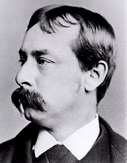
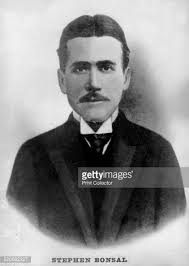


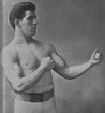









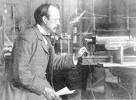




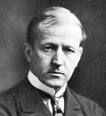





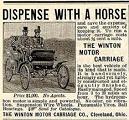





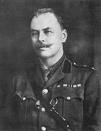


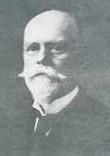

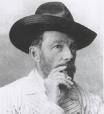









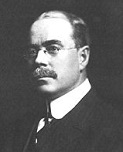











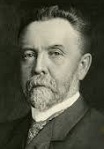







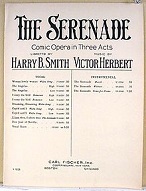
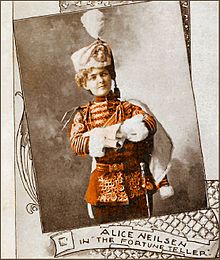


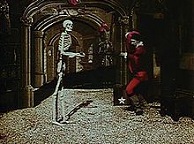






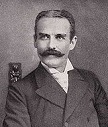
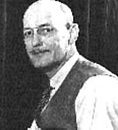



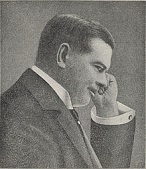
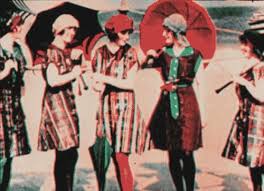



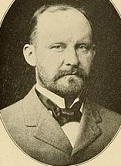


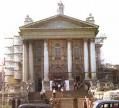

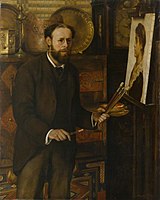
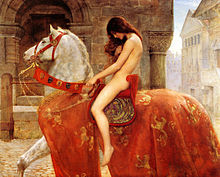


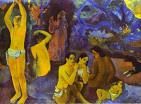



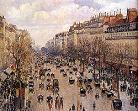
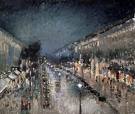






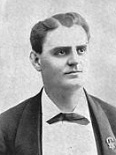


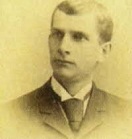

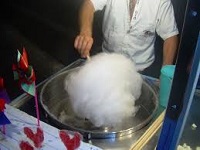
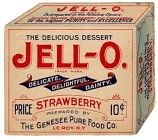
1897 There is a severe famine in India. In Jan. the Olney-Pauncefote Anglo-Am. Arbitration Treaty is negotiated by U.S. secy. of state #40 (1893-5) Richard Olney (1835-1917), and British ambassador to the U.S. (1893-1902) Julian Pauncefote, 1st Baron Pauncefote (1828-1902), and promoted in Britain by pacifist Liberal MP Sir William Randal Cremer (1828-1908) (secy. of the Workmen's Peace Assoc. since 1871), winning him the 1903 Nobel Peace Prize (first to do so solo); too bad, the U.S. Senate rejects it. In Jan.-Feb. a bill to declare pi as equal to 16 divided by the square root of 3 almost passes the legislature of Indiana - Pythagoras rolls over in his grave? In Jan. Airship mania hits the U.S., with people reporting lighter-than-air ships in the skies - angel vanguards for Armageddon? On Feb. 2 the Greek Cretan Committee and the Ethnike Hetaeria crank up the Cretan Revolt by attacking Turkish posts in Macedonia, starting the Greco-Turkish War (Thirty Days' War) of 1897, AKA Black 97, and get Crete to proclaim union with Greece on Feb. 6, which causes the Greek govt. on Feb. 10 to send troop ships; on Mar. 2 the Euro powers promise autonomy to Crete while demanding withdrawal of Greek troops on pain of "measures of constraint"; when Greece calls their bluff, a blockade of Crete is begun on Mar. 18; too bad, on Apr. 17 Turkey declares war on Greece, which it is unprepared for; Serbia and Bulgaria are prevented from joining Turkey by threats from Russia, which demands that the Turks cease hostilities; on May 10 after a series of defeats by the Turks, the Greek army degenerates into a panic-stricken mob, and Greece appeals to the powers for help and withdraws the troops; after Turkey is defeated in Thessaly, an armistice is arranged on May 19, and on Sept. 18 the Peace of Constantinople is signed, establishing autonomy for Crete under European control with only symbolic Ottoman presence, which causes thousands of Muslims to flee from Crete and Greece to W Anatolia, which gets more and more funky and diverse; humbled Greece is forced to pay a large indemnity to Turkey, adding to its foreign debt and foreign control of its finances - at least the Turks can kick Armenian butt to feel better? On Feb. 10 the New York Times introduces the slogan "All the News That's Fit to Print". On Feb. 17 the U.S. Nat. Congress of Mothers is founded in Washington, D.C.; in 1908 it is renamed the Nat. Congress of Mothers and Parent-Teachers Assocs., followed in 1925 by the Nat. Congress of Parents and Teachers or Parent Teachers Assoc. (PTA); on May 7, 1926 PTA Pres. Mrs. A.H. Reeve founds the Nat. Congress of Colored Parents and Teachers, which merges with the Nat. PTA in 1970; in 1899 the Nat. PTA publicly complains about "the incompetency of parents", causing the scientific parenting racket to be born as experts rush to the fore? On Feb. 18 the British capture the kingdom of Benin in a punitive expedition, and add it to the Niger Coast Protectorate, looting it of 900 bronze sculptures. On Feb. 20 King Kojong of Korea leaves the Russian legation and moves into the a new palace in Seoul, and on Oct. 17 takes the title of emperor. On Mar. 1 the U.S. Supreme (Fuller) Court rules unanimously in Allgeyer v. La. that the word "liberty" in the 14th Amendment's Due Process Clause means economic liberty, leading to the Lochner Era (1905-37), in which the court strikes down several state regs. infringing on a person's right to contract. On Mar. 2 Pres. Cleveland signs the U.S. Tea Importation Act (effective May 1), the first U.S. law regulating food products is passed, creating the Board of Tea Appeals (ends 1996). On Mar. 2 the Tex. State Historical Assoc. is founded by 250 people incl. U.S. Dem. Tex. Sen. (1887-91) John Henninger Reagan at the U. of Tex. in Austin. A Mount Rushmore reject takes office in the White House? On Mar. 4 Niles, Ohio-born cigar-chomping piercing-stare Civil War Union Maj. and U.S. rep. (R-Ohio) (1885-91) William McKinley Jr. (1843-1901) ("the Major") ("the Mask of Calm") becomes the 25th U.S. pres. (until Sept. 14, 1901) in the 32nd U.S. Pres. Inauguration in the U.S. Capitol in Washington, D.C. (last U.S. Civil War vet); 2nd pres. to be elected for a 2nd term and not finish it (Lincoln, Nixon); N.J.-born Garret Augustus Hobart (1844-99) becomes the 24th U.S. vice-pres. (until Nov 21, 1899); at the inauguration ball McKinley's wife faints?; Cleveland retires to Princeton, N.J., becoming a trustee and occasionally lecturing to students; First Lady is Ida Saxton McKinley (1847-1907), a semi-invalid who likes to crochet slippers for charity and wear Victorian high fashion while dosing on laudanum; McKinley becomes the creator of the 20th cent. presidency, incl. becoming the first to ride in an automobile, appear in motion pictures, and use a telephone, setting up a table for daily briefing of reporters, and deploying U.S. troops on his own authority, greatly increasing the power of the presidency; on Mar. 6 U.S. Sen. (since Mar. 4, 1881) (R-Ohio) John Sherman (1823-1900) (brother of Gen. William Tecumseh Sherman) becomes U.S. secy. of state #35, but resigns next Apr. 27 shortly after the outbreak of the Spanish-Am. War; on Mar. 6 Chicago banker Lyman Judson Gage (1836-1927) becomes U.S. treasury secy. #42 (until Jan. 31, 1902), going on to work to get the currency backed solely by gold in 1900. On Mar. 15 Winton Motor Carriage Co. is incorporated in Cleveland, Ohio by Scottish-born bicycle manufacturer Alexander Winton (1860-1932), who in May introduces a 10 hp model that achieves an astounding speed of 33.64 mph on a local horse track; to silence criticism about durability, Winton makes an 800-mi. endurance run from Cleveland to New York City; on Mar. 24, 1898 Robert Allison of Port Carbon, Penn. becomes his first customer after responding to an ad in Scientific American; in 1898 Winton sells 22 cars, and produces the world's first semi-truck, selling the first one in 1899; in 1898 he sells one to James Ward Packard, who after showing dissatisfaction is challenged by Winton to do better, causing him found his own co.; in 1899 Winton sells 100+ cars, making his co. the largest gas-powered automobile manufacturer in the U.S., causing H.W. Koler to open the first automobile dealership in the U.S. in Reading, Penn., for which Winton builds the first auto-hauler; in 1901 news that Reginald Vanderbilt and Alfred Vanderbilt purchased his cars boosts the co. image; too bad, after failing to keep up with technical developments, the co. ceases production on Feb. 11, 1924, but continues to sell engines, specializing only in marine engines by 1936, becoming popular with the U.S. Navy in WWII; it goes defunct in 1962. On Mar. 22 The Japan Times English language daily newspaper is founded by Motosada Zumoto; too bad, during WWII the imperial Japanese govt. takes it over with a circ. of 825K, renaming it "Nippon Times" in 1943-56, when Shintaro Fukushima (1907-87) becomes pres.; in 1983 automotive fastener Nifco, owned by Toshiaki Ogasawara (-2016) takes control, making his daughter Yukiko Ogasawara pres. in 2006-12, followed by Takeharu Tsutsumi, with Yukiko becoming chmn. On Apr. 22 the Wild Bunch Gang of Butch Cassidy (Robert Leroy Parker) (1866-1908), incl. Harry Alonzo "the Sundance Kid" Longabaugh (1867-1908), Ben "The Tall Texan" Kilpatrick (1874-1912), George Sutherland "Big Nose" "Flat Nose" Curry (1864-1900), Harvey Alexander "Kid Curry" Logan (1867-1904), and William Ellsworth "Elzy" Lay (1868-1934) ambush workers carrying the payroll of the Pleasant Valley Coal Co. in Castle Gate, Utah, stealing 7K in gold and hiding out in Robbers Roost and laying low until June 1899, while Lay's wife Maude Davis gives birth to daughter Marvel Lay Murdock (1897-), and the gang allegedly considers enlisting in the U.S. Army to fight in the Spanish-Am. War as the "Wild Bunch Riders". On May 10 the Exposition Internationale de Bruxelles world fair in Brussels, Belgium opens, with 27 participating countries; it features a Palace of the Colonies to show off African imports coffee, cacao, and tobacco; it closes on Nov. 8 after 7.8M attend. On May 14-15 German Jewish gay physician Magnus Hirschfeld (1868-1935) organizes the Scientific Humanitarian Committee to lobby for the repeal of German penal code paragraph 175 criminalizing homosexuality, and goes on to gather 5K signatures, incl. Albert Einstein, Hermann Hesse, Kathe Kollwitz, Thomas Mann, and Martin Buber, causing him to become known as "the Einstein of Sex"; the Reichstag nixes his proposals even under threat of outing some of its members. On June 2 61-y.-o. Mark Twain (b. 1835) is quoted by the New York Journal as saying from London that "The report of my death was an exaggeration". On June 15 Eugene V. Debs founds the Social Dem. Party of Am. On June 16 the U.S. govt. signs an annexation treaty with Hawaii sans a vote of the Hawaiian people despite the Kue Petitions (Monster Petition) (21K signatures) (half of the native adult pop. of Hawaii) being submitted by Queen Lili'uokalani. On June 22 fat, wrinkled, triple-chinned, white-haired, ever-mourning super-popular Queen Victoria celebrates her Diamond Jubilee (60th year as queen), featuring an overflow of imperialistic sentiment and a 245-carat Jubilee Diamond, and a 6-mi. progress to St. Paul's Cathedral, where a special stand is erected for survivors of the Charge of the Light Brigade; French chef Georges Auguste Escoffier (1846-1935) creates flaming Cherries Jubilee (with warmed kirsch) to mark the event; Victoria does not invite Kaiser Wilhelm II (who was invited to the 1887 Golden Jubilee), telling her PM that he is "a hot-headed, conceited, and wrong-headed young man"; she snubs him again on her 80th birthday party in 1899. On June 28 the San Marino-Italy Treaty of Friendship is signed, and renewed on Mar. 31, 1939. On July 17 the Klondike Gold Rush begins after the steamship Portland lands in Seattle, Wash. carrying a ton of gold divided among 68 miners. On July 22 there is a shootout between stock detectives and rustlers in the Hole-in-the-Wall area of the Big Horn Mts. in Johnson County in NC Wyo. (modern-day Kaycee). On July 24 the U.S. passes the protectionist (52%) Dingley Tariff, drafted by Maine Rep. (since 1881) Nelson Dingley Jr. (1832-99), which replaces the 1894 Wilson-Gorham Act and raises tariff rates to the highest level in U.S. history (57%); it remains in effect until 1909, becoming the longest-lived tariff in U.S. history (until ?). On July 26-Aug. 2 the Siege of Malakand in the North West Frontier Province of British India is a V for 10K British troops under Brig. Gen. William Hope Meiklejohn and Gen. Sir Bindon Blood (1842-1940) over 10K rebel Muslim Pashtun tribesmen led by "the Mad Fakir/Mullah of Wat" Saidullah ("God-intoxicated") (Mullah Mastun), who claims miraculous powers and declared a jihad against the British Empire, pinning the British Malakand South camp and Ft. Chakdara down until a relief force arrives; 2nd lt. Winston Churchill accompanies the relief force in his first combat experience, riding a big grey charger and getting disappointed when he isn't allowed to take over command. In July the first 10-day Cheyenne Frontier Days rodeo and Am. West celebration is held in Cheyenne, Wyo., going on to bill itself as "the world's largest outdoor rodeo and Western celebration"; by 2000 the 200K visitors gobble up 100K pancakes and 1.5 tons of ham, and 1.8K prof. rodeo stars vie for the $1M grand prize. In July the Electric Carriage and Wagon Co. begins running 12 electric hansom cabs, becoming the first taxicab co. in New York City; after building the Electrobat electric car, by 1899 it has 100 taxicabs; too bad, in 1907 a fire destroys 300 vehicles, causing it to shut down, causing horsedrawn cabs to become the primary transport. On Aug. 16 the Belgian Antarctic Expedition sets sail, led by Baron Adrien Victor Joseph de Gerlache de Gomery (1866-1934); it returns in Mar. 1899 with the first photos of Antarctica. On Aug. 24 Mass.-born Am. essayist Charles Dudley Warner (1829-1900) coins the phrase "Everybody talks about the weather, but nobody does anything about it" in an editorial in the Hartford Courant; Mark Twain quotes it and ends up getting credit. On Aug. 29-31 the First Zionist Congress in Basel, Switzerland is led by Theodor Herzl (1860-1904) and Max Simon Nordau (1849-1923), formulating a Zionist platform and founding the Zionist Org. (ZO), adopting Hatikvah as its anthem; Red Cross founder Henri Dunant was a prize guest; the Zionist Org. of Am. is founded to represent Am. Jews to the ZO; they go on to revive the Hebrew language; Herzl goes on to meet with the pope, kaiser, sultan (4x), and other leaders to garner support for a Jewish homeland in Palestine, becoming the first Zionist efforts to establish a Jewish state in Israel; the refusal of Sultan Abdulhamid II to give land to Jews for settlement leads to the abolition of the sultanate and caliphate?; Zionist leader Litman Rosenthal has a conversation with Herzl, in which he utters his Great War Prophecy: "The great European war must come. With my watch in hand do I await this terrible moment. After the great European war is ended the Peace Conference will assemble. We must be ready for that time. We will assuredly be called to this great conference of the nations and we must prove to them the urgent importance of a Zionist solution to the Jewish Question." In Aug. Sir Alfred Milner (1854-1925) becomes British high commissioner of British South Africa (until 1905) and gov. of Cape Colony (until 1901). On Sept. 12 the Battle of Saragarhi in the North-West Frontier Province of British India (modern-day Khyber Pakhtunkhwa, Pakistan) sees 21 British Sikh soldiers make a last stand to the death against 10K madass Afghans; on Sept. 14 a British Indian contingent recaptures the post; Sikhs begin celebrating Saragarhi Day on Sept. 12. On Sept. 21 after 8-y.-o. Manhattan, N.Y.-born Laura Virginia O'Hanlon (1889-1971) writes to New York Sun ed. Francis Pharcellus Church (1839-1906) asking if there really is a Santa Claus, he pub. the famous reply: "Yes, Virginia, there is a Santa Claus", which becomes so popular that they reprint the correspondence every year until 1949 when the paper goes out of business, becoming the most reprinted English language newspaper editorial (until ?). In Sept. the Canudos War (begun 1896) sees 30K black, Indian, and mestizo settlers in the dry bushland Bahia Province in NE Brazil on the Vaza-Barris River led by bearded Christ-like Antonio Vicente Mendes Maciel ("Anthony the Counselor") (1830-97), who claims to be a prophet heralding the return of Portuguese king Sebastian I (1554-78) and dresses in a blue tunic, straw hat, and leather sandals hold off the Brazilian army for 1 mo. before Maciel dies of dysentery on Sept. 22 and they surrender on Oct. 2, after which they are massacred and raped, the best remaining women sent to brothels, leaving only 150 survivors; 5K escape to shanty towns in large cities?; "At the end of the world, the land will change into sea, and vice-versa." (Maciel) In Oct. the movies come to Korea. On Nov. 1 after a power struggle causes the ascension of Emilio Aguinaldo and the execution of Andres Bonifacio, and the Cuban rev. makes the Spanish eager to end the fighting, the Biak Na Bato (Biyak-na-bato) Repub. in the Philippines is declared; a truce is signed with Spain on Dec. 15 under the condition that Aguinaldo accept a money payment and go into exile in Hong Kong. On Nov. 4 two German missionaries are murdered in Kiaochow in N China, causing the German army to occupy it, claiming it as a "leased territory". In Nov. the Cape Railway reaches Bulawayo. On Dec. 8 the Royal Automobile Club is founded in London as the Automobile Club of Great Britain, until Edward VII orders its name changed to upgrade its status; in 1911 they move into a French Renaissance club house at 89-91 Pall Mall, the largest in London. On Dec. 12 the comic strip The Katzenjammer Kids by German-born cartoonist Rudolph Dirks (1877-1968) and Bryn Mawr, Penn.-born cartoonist Harold Hering Knerr (1862-1949) debuts in the Sun. American Humorist supplement of William Randolph Hearst's New York Journal, becoming the first true comic strip in the U.S., the first to present a story in consecutive panels, and the first to enclose dialogue in balloons; in 1914 after a legal battle, Dirks leaves the Hearst org. and debuts the new comic strip "Hans and Fritz", which he changes to "The Captain and the Kids" during WWI; the phrase "on the Fritz" is coined; a thriving industry of underground porno versions comes along quickly? - good for your complexion? In Dec. king (since 1858) Ndumbe Lobe Bell (b. 1839) dies, and his son Auguste Manga Ndumbe Bell (1851-1908) becomes Duala king of Cameroon (until Sept. 2, 1908), going on to play footsie with the Germans. The U.S. Organic Act of 1897 doubles U.S. forest reserves from 19M to 38M acres. The Medicine Bow Forest Reserve in NC Colo. is established, incl. Roosevelt Nat. Forest, which in 1910 is amed the Colo. Nat. Forest, and renamed in 1932 after Pres. Theodore Roosevelt. Adolf Marschall von Bieberstein retires, and after strings are pulled by Wilhelm II's personal friend Prince Philip of Eulenberg-Hertefeld (1847-1921), Bernhard von Bulow (Bülow) (1849-1929) is appointed as German foreign minister; the prince and von Blow, er, Bulow are closet gay lovers? Russia occupies Port Arthur. Zululand is incorporated into Natal Colony, and it becomes a crime for a white man to marry an Indian. Germany's Operational Plan Three calls for shelling New York City, seizing the coast of Va., and then taking Washington, D.C. and Baltimore, along with Boston and Philly, causing U.S. vice-adm. August Thomsen to utter the soundbyte "At the moment every thinking German officer is occupied with the consequences of a belligerent conflict between Germany and the United States of America"; after Germany fails to interest other Euro powers in an alliance against the U.S., they drop the plan. Mathieu Dreyfus discovers that the document on which his brother Alfred was convicted was actually written by hazy anti-Semitic royalist officer Maj. M.C. Esterhazy, helping the fit to hit the shan? France establishes a protectorate over the Kingdom of Ouagadougou (pr. wah-gah-DOO-goo) (Mossi Empire) in Upper Volta. An British imperial conference calls for a federated empire with an imperial parliament representing self-governing dominions; Canada grants preferential customs duties to British imports. Former New York mayor, U.S. Civil Service Commisioner (1889-95) and New York City Police Commissioner (1895-7) Theodore Roosevelt (1858-1919) becomes asst. Navy secy. (until 1898), and begins increasing its size, raising it from 5th to 2nd in rank among the world's navies in 10 years. Iowa passes a law banning cigarettes. Carter Henry Harrison Jr. (1860-1953), son of Chicago mayor Carter Henry Harrison Sr. becomes mayor of Chicago, Ill. (until 1905, then 1911-15), continuing its rep as sin city, famous for maps of brothels and the Mickey Finn. Italian mountaineer Luigi Amedeo Giuseppe Maria Ferdinando Francesco, Duke of the Abruzzi (1873-1933) makes the first ascent of Mt. St. Elias (Boundary Peak 186) 25 mi. SW of Mt. Logan on the Yukon-Alaska border. Hollywood, Calif., founded by a group seeking a Christian utopia officially becomes a town after it opens its first post office at the Sackett Hotel. The city of Oxnard, Calif. on the Pacific coast of Southern Calif. 60 mi. W of downtown Los Angeles, Calif. (modern-day pop. 200K) starts as a $1M sugar beet factory operated by Henry Thomas Oxnard (1860-1922) of the Am. Crystal Sugar Co. in Minn.; it is incorporated as a city on June 30, 1903, becoming known for growing strawberries and lima beans, and as home to U.S. Navy bases at Point Mugu and Port Hueneme. The Library of Congress in Washington, D.C. officially opens its doors to the public with grandiose new facilities, incl. a 23-carat gold plated dome; the three bldgs. are named after U.S. presidents. Robert Todd Lincoln becomes pres. of the Pullman Co. (until 1911), followed by chmn. of the board. Arthur Brisbane (1864-1936) becomes ed. of the Hearst-owned New York Evening Journal (until 1921), going on to become the patron saint of yellow journalism, and utter the soundbyte "Never forget that if you don't hit a newspaper reader between the eyes with your first sentence, there is no need of writing a second one." The bldgs. on Ellis Island in New York Harbor burn down, causing 28 new ones to be constructed, followed in 1898 and 1905 by two additional artificial islands created by dumping earth and rock, and joined by causeways, increasing the area from 3 to 27.5 acres. The Cooper-Hewitt Nat. Design Museum of the Smithsonian Inst. is founded by Amy, Eleanor, and Sarah Hewitt, daughters of New York City Mayor Abram S. Hewitt and grand-daughters of industrialist Peter Cooper in the Carnegie mansion in New York City at Fifth Ave. and 91st St. (Museum Mile), becoming the only U.S. museum solely focused on design; it eventually boasts the world's largest collection of the drawings of Winslow Homer. The Tennessee Centennial Exposition in Nashville features a full-scale replica of the Athenian Parthenon, complete with the Elgin marbles, which is rebuilt and opened to the public in 1931; mixed-breed Hambletonian-Arabian Beautiful Jim Key (1889-1912) the wonder horse, trained by William Key (1833-1909) is a big hit, and goes on to a 9-year career doing math, debating politics, and making predictions. A merger of oil cos. creates Shell Oil (originally the Shell Transport and Trading Co.) named by English Jewish founder Marcus Samuel, 1st Viscount Bearsted (1853-1927), who ran the Shell Shop in London, selling boxes decorated with tropical sea shells, and not only imported boxes but oil, and found it more profitable; in Feb. 1907 the Royal Dutch Shell Group is created via a merger with rival Royal Dutch Petroleum Co. of Netherlands (founded 1890) to compete with Standard Oil. Columbia College becomes a univ., and pres. Seth Low gives it $1M for a new library. William James gives a lecture questioning human immortality. Henri Matisse (1869-1954), who moved to Paris in 1891 to study art, creates his own unique style after seeing the work of the French Impressionists. PC (Christian) Gustav Mahler becomes conductor of the Vienna Opera. Watkins Books in London is founded by Madame Blavatsky's friend John M. Watkins; it goes on to pub. the Watkins' Spiritual 100 List. Ohio electric lighting manufacturer brothers James Ward Packard (1863-1938) and William Doud Packard (1861-1923) found the Ohio Automobile Co., and in 1899 they build the first Packard automobile, renaming the co. to Packard Motor Co. Australian bushman Lewis Harold Bell Lasseter (1880-1931) claims to find a "gold reef" far out beyond the Petermann Range in C Australia; in 1911 he finally raises funds for an expedition to find Lasseter's Reef, but dies before he reaches it, and nobody ever verifies his claim. Millicent Fawcett (1847-1929) becomes pres. of the Nat. Union of Women's Suffrage Societies (until 1919), going on to gain the vote for 6M British women over age 30 in 1918. Warwick Trading Co. in London, England, managed by Cincinnati, Ohio-born Charles Urban (1867-1942) acquires the rights to films by the Lumiere brothers; in 1903 Urban founds the Charles Urban Trading Co. in Brighton to produce educational, scentific, and travel films, incl. coverage of the 1904-5 Russo-Japanese War, expanding to fiction and sci-fi; in May 1908 Urban introduces the Kinemacolor 2-color red-green additive motion picture system, which becomes a worldwide success; too bad, in 1915 after a lawsuit by rival William Friese-Greene, inventor of the Biocolour System invalides his patent, the co. folds. The Ten Am. Painters (all Impressionists) resign from the Society of Am. Artists to protest its crass commercialism, although the latter had broken away from the Nat. Academy of Design 20 years earlier for ditto; the new group gives annual exhibitions for 20 years (until 1919), and guess what? Italian baritone Giuseppe De Luca (1876-1950) debuts in Piacenza singing Valentin in Gounod's Faust, going on to become #1. Finnish composer Jean Sibelius (1865-1957) receives a state annuity enabling him to retire from teaching at the Helsinki Conservatory and spend all his time composing, and he goes on to become Finland's #1 composer, cranking out seven symphonies and other works, incl. 100 songs in his studio in Jarvenpaa (Järvenpää) on the outskirts of Helsinki. Austrian Jewish pianist Artur Schnabel (1882-1951) makes his debut in Vienna, going on to give concerts in England, Russia, and the U.S. Alice Guy (Guy-Blache) (Guy-Blaché) (1873-1968) becomes the first film dir., working for the French production co. of Leon Gaumont (1864-1946) to film The Cabbage Fairy (La Fee aux Choux). In 1896 after their 3-man Internat. Novelty Co. fails, causing them to have to get jobs, and New York Evening World reporter Blackton interviews Thomas Edison about his new film projector and is talked into buying $800 worth of equipment from him, American Vitagraph Studios is founded in New York City by English immigrant Albert Edward Smith (1875-1958), newspaper cartoonist James Stuart Blackton (1875-1941), and Ronald A. Reader, joined in 1898 by older wiser English immigrant William T. "Pop" Rock (-1916) (ahead of his time?), showing their first films at Tony Pastor's New 14th St. Theatre on Mar. 23, starting out by filming fun things incl. Niagara Falls at Passaic Falls, N.J., going on to film their first "story picture" The Burglar on the Roof on May 16, 1897, in which Mrs. Olsen, wife of the bldg. janitor (at the corner of Nassau and Beekman Sts. in Lower Manhattan) thinks a fight between a policeman and a burglar is real and hits the burglar with her broom, cracking audiences up; they go on to film news events incl. the Spanish-Am. War, Teddy Roosevelt's charge up San Juan Hill in Cuba, the Boer War, the 1900 Galveston Flood, the 1901 assassination of Pres. McKinley, the 1904 inauguration of Pres. Theodore Roosevelt, the 1906 San Francisco Earthquake, and fake the Battle of Santiago Bay in a water tank with cigar smoke after bragging that they had it but didn't; too bad, they pass-up filming the Wright Brothers at Kitty Hawk on Dec. 14, 1903 after seeing the "fool contraption" and deciding it can't fly; in 1900 they pioneer animation; in 1905 they build the first modern film studio at the corner of E 14th St. and Locust Ave. (near Ave. M) in Flatbush, Brooklyn, N.Y., with profits of $7,975 in 1899 zooming to $120,749 in 1906, becoming the most prolific U.S. film producer by 1908, producing eight films a week from their stock co. of 400 actors incl. Broncho Billy Anderson, Annette Kellerman, Paul Panzer, Florence Lawrence ("the Biograph Girl"), Florence Turner ("the Vitagraph Girl"), Maurice Costello (first matinee idol), Gladys Hulette, and Julia Swayne Gordon; in 1911 they build a 2nd studio in Santa Monica, Calif., later moving to a 29-acre sheep ranch on Prospect St. in Hollywood; on Jan. 28, 1925 after the studio system squeezes them out, they leave the MPAA, and on Apr. 22, 1925 sell out to Warner Brothers for $735K. Jell-O powdered gelatin mix is first sold by cough syrup manufacturer Pearle Bixby Wait (18871-1915) and his wife May Wait of LeRoy, N.Y. in lemon, orange, raspberry, and strawberry flavors; in 1899 they sell it to the Genesee Pure Food Co., run by Orator Francis Woodward (1856-1906), who begins placing ads in Ladies' Home Journal in 1901, calling it "America's Most Famous Dessert", sending an army of salesman into the field to distribute free Jell-O cookbooks, causing sales to zoom; in 1930 they introduce lime flavor for use in aspics and congealed salads; in 1934 comedian Jack Benny becomes the co. spokeman, with the jingle "J-E-L-L-O", written by Benny's bandleader Don Bestor; in 1936 Jell-O instant chocolate pudding mix is introduced, causing more pudding flavors to be added; in 1964 the slogan "There's always room for Jell-O" is introduced; in 1974 after sales decline, comedian Bill Cosby becomes the co. pudding spokesman (until 2003); in the late 1980s Jell-O shots and Jell-O wrestling give the dessert a kinky side. The J.M. Smucker Co. in Orrville, Oho is founded by Mennonite farmer Jerome Monroe Smucker (1858-1948) (an old Swiss name, originally Schmucker, then Smoker, changed to avoid suggestions of tobacco use) to manufacture apple butter from some of Johnny Appleseed's original orchards, expanding to jams and jellies; "With a name like Smucker's, it has to be good." Sports: On Jan. 9-Mar. 6 the 1897 Amateur Hockey Assoc. of Canada (AHAC) Season sees the Montreal Victorias win with a 7-1 record. On Mar. 17 (St. Patrick's Day) 30-y.-o. 183-lb. James John "Gentleman Jim" Corbett (1866-1933) loses the heavyweight boxing title by KO in the 14th round in Carson City, Nev. to 34-y.-o. 167-lb. ("Ruby Robert") ("the Freckled Wonder") ("the Cornishman") Robert James "Bob" Fitzsimmons (1863-1917) of Cornwall, England (a hard puncher), who becomes world heavyweight boxing champ #2 (until 1899), and the last British heavyweight boxing champ (until ?); William Aloysius Brady (1863-1950), mgr. of both Corbett and James J. Jeffries produces the 1.5 hour film The Corbett-Fizsimmons Fight (May 22), filmed in Veriscope (a large darkroom with the camerman inside) by Enoch Rector of Parkersburg, W. Va., becoming the longest film released to date, and the world's first feature-length film; Fizsimmons goes on to become the first prof. boxer to win the world middleweight, light heavyweight, and heavyweight boxing titles. On Aug. 19 the first Boston Marathon (24 mi. or 39 km), organized by Olympic champ Tom Burke et al. is run; the winner is Irish-born John J. McDermott of the U.S., with a time of 2:55:10.2. The Yale U. basketball team introduces passing-to-oneself AKA dribbling; the number of players per team is fixed at five. Architecture: On Apr. 27 after Mrs. Grant overrules those who want it to be placed in Washington, D.C., the 150-ft. domed granite General Grant Nat. Monument (Grant's Tomb) (a clone of the Greek Mausoleum of Halicarnassus) at in Riverside Park at Riverside Dr. and W. 122nd St. in Upper Manhattan, N.Y. across from Riverside Church opens, going on to house the sarcophagi of Grant and his wife surrounded by busts of Union Army leaders; after a competition, it was designed by Am. architect John Hemenway Duncan (1854-1929), causing his fame to skyrocket, going on to design the Soldiers' and Sailors' Memorial Arch in the Grand Army Plaza in Brooklyn, N.Y. AKA Brooklyn's Arc de Triomphe. On Nov. 1 after his mother Caroline Webster Schermerhorn Astor (1830-1908) moves uptown, future Titanic victim John Jacob "Jack" Astor IV (1864-1912) opens the 17-story Astoria Hotel next to the Waldorf Hotel, designed to be connected through Peacock Alley, going on to become known as the Waldorf-Astoria Hotel, becoming the first hotel with electricity and private bathrooms, and the motto "The guest is always right", becoming a favorite with the wealthy upper crust incl. Andrew Carnegie; the first maitre d'hotel is Swiss-born Oscar Tschirky (1866-1950) (until 1943), who becomes known as "Oscar of the Waldorf", inventing Waldorf Salad and Eggs Benedict, and popularizing Thousand Island dressing along with pub. a popular 900-page cookbook titled "The Cookbook by Oscar of the Waldorf" in 1896, followed in 1902 by the booklet "Serving a Course Dinner"; Tschirky is later eulogized by James Remington McCarthy as an artist who "composed sonatas in soups, symphonies in salads, minuets in sauces, lyrics in entrees". The Brooklyn Museum of Art is founded in Brooklyn, N.Y., and housed in a 500K-sq.-ft. Beaux Arts bldg., becoming the 2nd largest art museum in the New York City area. The 293-seat Grand Guignol theater (smallest in Paris), founded by Oscar Metenier (1859-1913) opens in the Pigalle area of Paris, becoming known for naturalistic horror shows featuring low life (closes 1962), becoming a favorite spot for royalty and celebs in evening dress in the 1920s and 1930s. Sugar cube magnate Sir Henry Tate (1819-99) donates the Tate Gallery in London to the British people - la dolce vitate? Vienna builds the Risenrad, a giant Ferris wheel which becomes a landmark - good with anything from jeans to evening attire? Inventions: The first great leap in powered flight in twenty years? On Nov. 3 an all-metal (aluminum) 135-ft.-long 46-ft.-diam. 3-prop dirigible powered by a 12 hp. Daimler engine, designed by Croatian Jewish inventor David Schwarz (1852-97) takes off from Berlin's Tempelhof Field and flies several mi. before the propeller belts break and it crashes; Schwarz had died on Jan. 31 from a heart attack after receiving a telegram from the German govt. offering to buy his invention; Count Ferdinand von Zeppelin, who witnesses the test buys the plans from his widow, and in 1898 begins work on the Zeppelin. German physicist Karl Ferdinand Braun (1850-1918) invents the Cathode-Ray Tube Oscillograph. Peter Paul Mauser (1838-1914) of Germany invents the bolt-action Mauser Gewehr magazine rifle, which becomes #1 and is adopted for official use by govts. throughout Europe and South Am. Campbell's Soup debuts with 21 varieties, the most popular being tomato - with a cheese sandwich? A machine for spinning Cotton candy is invented by dentist William James Morrison (1860-1926) in Nashville, Tenn. and confectioner John C. Wharton, who introduces it at the 1904 St. Louis World's Fair under the name Fairy Floss, selling 68,655 boxes at 25 cents each. In Aug. the first motion picture commercial, an ad for Admiral brand cigarettes is made by Thomas Edison's co. from his Black Maria Studio in West Orange, N.J. Twin brothers Francis Stanley and Freelan Stanley build the first Stanley Steamer automobile. The Winchester Model 1897 is the first successful pump action shotgun; the Browning Auto-5 "Humpback" autoloader (the first semi-auto shotgun) competes with it starting in 1903. The Wright Wave Motor in Manhattan Beach N.Y. is built to turn ocean wave energy into electricity, but collapses; the Starr Wave Motor in Redondo Beach, Calif. is built in 1907, and does ditto. French actress Suzanne "Suzette" Reichenberg (1853-1924) serves flaming crepes onstage at the Comedie Francaise, provided by Monsieur Joseph of the Restaurant Marivaux, causing Georges Auguste Escoffier to publicize the name Crepes Suzette; teenie waiter Henri Charpentier accidentally invents the dish in 1895 at Monte Carlo's Cafe de Paris while preparing a dish for the Prince of Wales (Edward VII), whose guests incl. a French babe named Suzette? Science: German chemist Eduard Buchner (1860-1917) observes bubble formation in sugar-filled yeast extract in experiments of his bacteriologist brother Hans Ernst August Buchner (1850-1902), and breaks up yeast cells with hundreds of atmospheres of pressure, fine quartz sand, and filter paper and still obtains fermentation, laying to rest Pasteur's theory that only living yeast cells can do it, discovering zymase, the first enzyme, and later receiving the 1907 Nobel Chem. Prize. German Assyriologist Friedrich Delitzsch (1850-1922) disses the 1863 theory of Jules Oppert that cuneiform is based on pictographs, claiming that it is based on a small kernel of basic signs which deliciously expand into hundreds of signs. Am. physicist Amos Emerson Dolbear (1837-1910) pub. Dolbear's Law, that a male (snowy) cricket chirps a number of times in 15 sec. equal to the temp in Fahrenheit minus 40 (e.g., 30 times at 70F). German pharmacologist-chemist Arthur Carl Wilhelm Heffter (1859-1925) isolates Mescaline, the hallucinatory agent in peyote cactus, and becomes the first "psychonaut", willing to test the stuff on himself. English biochemist Sir Frederick Gowland Hopkins (1861-1947) proves that a lack of vitamins causes disease, winning him the 1929 Nobel Med. Prize along with Christiaan Eijkman, while the real discoverer, Polish biochemist Casimir Funk is snubbed - that's what I tell my wife? After Scottish physician Sir Patrick Manson (1844-1912) suggests the hypothesis, Indian-born English physician Sir Ronald Ross (1857-1932) discovers in Secunderabad, India that malaria isn't caused by breathing bad air, but by a parasite (bacillus) transmitted by the Anopheles (Gk. "useless") mosquito, which he finally isolates on Aug. 21 after having one bite patient Hussain Khan, then using birds to trace out its life cycle, winning him the 1902 Nobel Med. Prize. Am. geologist George Perkins Merrill (1854-1929) defines the term Regolith (Gr. "rhegos" + "lithos" = blanket + rock) for the loose superficial deposits on the surface of Earth, Moon, Mars, etc. covering solid rock. The discovery of the electron (the first subatomic particle) and the similarity of its motion to visible light is first described by English physicist Sir J.J. (Joseph John) Thomson (1856-1940), who experimentally determines the ratio of its mass to its charge, making him "the father of the electron"; he has been dir. of the Cavendish Laboratory at Cambridge U. (founded 1874) since 1894, and it goes on to generate 14 Nobel Prize winners, who discover the atomic nucleus, cloud chamber, and atom smasher. William Thomson (Lord Kelvin) studies cathode rays. Yerkes Observatory in Williams Bay, Wisc., designed by Chicago, Ill.-born astronomer George Ellery Hale (1868-1938), and financed by streetcar magnate Charles Tyson Yerkes (1837-1905) begins operation, with the largest refracting telescope on Earth, a whopping 40 in. Nonfiction: Lyman Abbott (1835-1922), The Theology of an Evolutionist; Christianity and Social Problems. Grant Allen (1848-99), The Evolution of the Idea of God; agnostic evolutionist proposes the "ghost theory". Edward Arber (ed.), The Story of the Pilgrim Fathers, 1606-1623, A.D., As Told by Themselves, Their Friends and Their Enemies. Claude Auge (1854-1924), Nouveau Larousse Illustre (8 vols.) (1897-1904). Edward White Benson (1829-96), Cyprian (posth.). Alphonse Bertillon (1853-1914), La Comparaison des Ecritures et l'Identification Graphique. Stephen Bonsal (1865-1951), The Real Condition of Cuba Today. Josef Breuer (1842-1925) and Sigmund Freud (1856-1939), Studies on Hysteria; case studies of hysterical patient Anna O. (Bertha Pappenheim) (1859-1936), developing the Talking Cure; Breuer later splits with Freud over Freud's obsession with sex; Freud calls Bremen, Germany-born Karl Abraham (1877-1925) his "best pupil"; too bad the good die young? Daniel Garrison Brinton (1837-99), Religions of Primitive People. Samuel Butler (1835-1902), The Authoress of the Odyssey; claims that it was written by a young Sicilian woman familiar with the Sicilian coast. John Dewey (1859-1952), My Pedagogic Creed. Amos Emerson Dolbear (1837-1910), The Cricket As A Thermometer; Dolbear's Law. William Archibald Dunning (1857-1922), The Constitution of the United States in Civil War and Reconstruction, 1860-1867 (dissertation); Essays on the Civil War and Reconstruction and Related Topics (2nd ed. 1904); explains the legal basis for the destruction of slavery, which he opposes, becoming the first major academic studies of the Reconstruction era. Can you grasp this? Havelock Ellis (1859-1939) and John Addington Symonds (1840-93), Studies in the Psychology of Sex: Sexual Inversion (vol. 2 of 6) (1897-1910); first English medical textbook on homosexuality ("a barbarously hybrid word... I claim no responsibility for it"), which Ellis approves of, and denies is immoral, a disease or a crime; 7 of the 20 examples are of man-boy love; after a celebrated obscenity trial it is banned in England as a "wicked, bawdy, scandalous, and obscene book", causing a U.S. publisher to pub. it, changing it from vol. 1 to vol. 2 of the series; it is limited to medical profs. until 1935; the 3rd ed. (1915) talks about the "great prevalence of sexual inversion in American cities", and how the fellatio-seeking "fairies" wear red ties as their badge - like Ronald Reagan? Leo Frobenius (1873-1938), Der Westafrikanische Kulturkreis; decides to devote his career to exploring Africa, decides that it's not so primitive after all, but has various culture areas (Kulturkreise). Lazarus Goldschmidt (1871-1950), The Babylonian Talmud (Der Baabylonische Talmud) (12 vols.) (1893-1935) (Leipzig); first German translation of the entire work. F.C. Grove, Camille Prevost, and Walter Herries Pollock (1850-1926), Fencing. Julis von Hann (1839-1921), Handbook of Climatology. Thomas Maley Harris (1817-1906), Rome's Responsibility for the Assassination of Abraham Lincoln; U.S. Civil War Union gen. claims a Vatican plot. Lafcadio Hearn (1850-1904), Gleanings in Budda-Fields: Studies of Hand and Soul in the Far East. Mary Kingsley (1862-1900), Travels in West Africa; bestseller. Andrew Lang (1844-1912), The Book of Dreams and Ghosts. Rodolfo Lanciani (1846-1919), The Ruins and Excavations of Ancient Rome. Andrew Lang (1844-1912), Pickle the Spy; identifies Prince Charles Edward's traitorous spy as Scottish Jacobite Alestair Ruadh MacDonnell (1725-61). Sir Joseph Norman Lockyer (1836-1920), The Sun's Place in Nature. Shailer Mathews (1863-1941), The Social Teachings of Jesus; launches his career as a liberl Christian theologian pushing the Social Gospel message. Joseph McCabe (1897-1955), Twelve Years in a Monastery; Roman Catholic priest turns Atheist-Freethinker crusader, pumping out 250 books, incl. 100+ pub. by E. Haldeman-Julius in Kan. Andrew Cunningham McLaughlin (1861-1947), James Wilson in the Philadelphia Convention. John Bach McMaster (1852-1932), A School History of the United States; rev. ed. 1912; becomes popular textbook; The University of Pennsylvania Illustrated. Desire Joseph Mercier (1851-1926), Les Origines de la Psychologie Contemporaine. Alice Meynell (1847-1922), The Children (essays). Henri Moissan (1852-1907), The Electric Arc Furnace (Le Four Electrique). Ivan Pavlov (1849-1936), Work of the Digestive Glands (first book); his work on the physiology of digestion going back to 1879. Agnes Repplier (1855-1950), Varia. Francesco De Sanctis (1818-83), La Letteratura Italiana nel Secolo XIX (Italian Lit. in the 19th Cent.). Frederick Sleigh (1832-1914), Forty-One Years in India (autobio.). Goldwin Smith (1823-1910), Guesses on the Riddle of Existence; how Darwinism has wrecked his Christian faith, but he still can't dump spiritual truth for Agnosticism. John Lawson Stoddard (1850-1931), John Stoddard's Lectures (10 vols.) (1897-8); vol. 2 promotes the restoration of the Jews to Israel, with the soundbyte: "You are a people without a country; there is a country without a people. Be united. Fulfill the dreams of your old poets and patriarchs. Go back, go back to the land of Abraham", which is popularized as "A land without a people for a people without a land." Ferdinand Tonnies (1855-1936), Der Nietzsche-Kultus. Mark Twain (1835-1910), Following the Equator; his 1895-6 tour of Oceania, India, and Africa; "Nothing has been left undone, either by man or Nature, to make India the most extraordinary country that the sun visits on his round"; "I could easily learn to prefer an elephant to any other vehicle, partly because of that immunity from collisions"; "All the territorial possessions of all the political establishments in the earth - incl. America, of course - consist of pilferings from other people's wash. No tribe, however insignificant, and no nation, however mighty, occupies a foot of land that was not stolen. When the English, the French, and the Spaniards reached America, the Indian tribes had been raiding each other's territorial clothes-lines for ages, and every acre of ground in the continent had been stolen and restolen 500 times." John Venn (1834-1923), The Biographical History of Gonville and Caius College, 1349-1897. Sidney Webb (1859-1947) and Beatrice Webb (1858-1943), Industrial Democracy. Movies: Georges Melies' After the Ball (Star Film Co.) stars Melies' future wife Jeanne d'Alcy undressing and bathing, with her maid (Jane Brady) helping, becoming the first adult film? Georges Melies' The Haunted/Devil's Castle (Le Chateau hante) is a hand-colorized silent film about a man who enters a haunted castle and is taunted by spirits and the Devil himself. Albert E. Smith's The Humpty Dumpty Circus is the world's first animated film using the stop-motion technique; released on Nov. 2, 1908. Music: Eugene d'Albert (1864-1932), Gernot (opera); Seejungfraulein, Op. 15. Ferruccio Busoni (1866-1924), Comedy Overture (for orchestra). Henri Busser (1872-1973), Daphnis et Chloe (opera). Ernest Chausson (1855-99), String Quartet in C minor. Vincent d'Indy (1851-1931), Fervaal (opera) (Brussels); set in S France during the Muslim invasion of 732. Paul Dukas (1865-1935), Sorcerer's Apprentice (L'Apprenti Sorcier) (orchestral scherzo); based on a ballad by Goethe. Antonin Dvorak (1841-1904), Heroic Song (symphonic poem). Victor Herbert (1859-1924) and Harry Bache Smith (1860-1936), The Serenade (comic operetta) (Kickerbocker Theatre, New York) (Mar. 16) (79 perf.); Herbert's 2nd Broadway success after "The Wizard of the Nile"; makes a star of soprano Alice Nielsen (1872-1943). Vincent d'Indy (1851-1931), Fervaal (opera) (Brussels). Paul Lincke (1865-1946), Venus auf Erden (From Venus to Earth) (operetta) (Berlin). Andre Messager (1853-1929), Les p'Tites Michu (operetta). Sir Hubert Parry (1848-1918), Elegy for Brahms. Gabriel Pierne (1863-1937), Vendee (opera). Nikolai Rimsky-Korsakov (1844-1908), Mozart and Salieri (Dec. 7) (Nov. 25 Old Style) (Moscow); libretto from Alexander Pushkin's 1830 verse drama that claimed that jealous Salieri poisoned Mozart. John Philip Sousa (1854-1932), The Stars and Stripes Forever (march) (May); his magnum opus; becomes the official nat. march of the U.S. in 1987; played by circus bands as a distress signal. Amy Woodforde-Finden (1860-1919), O Flower of All the World Song; her first hit, based on her travels to India. Art: Eugene Anatole Carriere (1849-1906), Christ on the Cross. Mary Cassatt (1844-1926), Breakfast in Bed. John Collier (1850-1934), Lady Godiva. Walter Crane (1845-1915), International Solidarity of Labour. Jean-Louis Forain (1852-1931), Doux Pays (caricatures). Skip the booze, go with the eggnog? Paul Gaugin (1848-1903), Nevermore; Where Do We Come From? What Are We? Where Are We Going? (D'ou venons-nous? Que sommes-nous? Ou allons-nous? (12 ft. long); the masterpiece of his Tahitian work, about the impenetrable mystery of existence. Nikolaos Gysis (1842-1901), Nymph and Eros. Ferdinand Hodler (1853-1918), The Dream; Day (Truth). Max Klinger (1857-1920), Christ in Olympus. Henri Matisse (1869-1954), Dinner Table. Camille Pissarro (1830-1903), Boulevard Montmartre at Night (Boulevard des Italiens); Boulevard Montmartre in Daylight; the Las Vegas of France as seen from the Grand Hotel of Paris on 13 canvases. Auguste Rodin (1840-1917), Victor Hugo (sculpture). Henri Rousseau (1844-1910), The Sleeping Gypsy. Augustus Saint-Gaudens (1848-1907), Robert Gould Shaw Memorial (bronze relief); begun 1884; unveiled on May 31 at 24 Beacon St. in Boston Common in Mass., depicting Union Col. Robert Gould Shaw (1837-63) leading the 54th Regiment Mass. Volunteer Infantry (first all-black regiment in New England) down Beacon St. on May 28, 1863 before being KIA in Morris Island, S.C. on July 18, 1863. Plays: Hermann Bahr (1863-1934), Das Tschaperl. Eugene Brieux (1858-1932), Les Trois Filles de Monsieur Dupont; the cruddy French dowry system and its effects on middle-class girls. Sir Francis Burnand (1836-1917), His Majesty (comic opera); music by Alexander Mackenzie. Anton Chekhov (1860-1904), Uncle Vanya. Jacques Copeau (1879-1949), Morning Fog (Brouillard du Matin) (Nouveau Theatre, Paris) (Mar. 27) (first play). Gerhart Hauptmann (1862-1946), The Sunken Bell. Gunnar Heiberg (1857-1929), Folkeraadet. Catulle Mendes (1841-1909), Briseis; music by Chabrier. Hugh Morton and Gustave Kerker, The Belle of New York (musical comedy) (New York); after it flops it moves to London next year and is a hit, with 674 perf.; makes Nellie Stewart, and Edna May as Violet. Jean Richepin (1849-1926), Le Chemineau. Edmond Rostand (1868-1918), Cyrano de Bergerac (Paris) (Dec. 28); petite nose Christian and big nose Cyrano love Roxanne - serious nose de burgerac? Arthur Schnitzler (1862-1931), Reigen; earns him the rep of a pornographer, and he is later cited by Adolf Hitler as an example of "Jewish filth". George Bernard Shaw (1856-1950), The Devil's Disciple; outcast apostate Richard "Dick" Dudgeon in colonial Websterbridge, N.Y. and local minister Anthony Anderson, who turns rebel against the British and Gen. Burgoyne and saves Dudgeon from hanging; filmed in 1959 and 1987. Arthur Symons (1865-1945), Amoris Victima. Howard Talbot (1865-1928), Milord Sir Smith (musical); The Sorrows of Satan (musical) (Shaftesbury Theatre, London); Dandy Dan the Lifeguardsman; features the song Someone Ought to Speak to Millie Simpson. Poetry: Jules Amedee Barbey d'Aurevilly (1808-89), Rythmes Oubliés (posth.). Hilaire Belloc (1870-1953), More Beasts for Worse Children. Otokar Brezina (1868-1929), Winds from the Poles. Bliss Carman (1861-1929), Ballads of Lost Haven: A Book of the Sea. Louise Imogen Guiney (1861-1920), Patrons. Rudyard Kipling (1865-1936), Recessional; written for the queen's Diamond Jubilee, moving her to tears. Stephane Mallarme (1842-98), Un coup de dés jamais n'abolira le hasard (A Throw of the Dice Will Never Abolish Chance); prefigures hypertext. Sir Henry Newbolt (1862-1938), Admirals All; incl. Drake's Drum. Stephen Phillips (1864-1915), To Milton Blind; The Woman with the Dead Soul. Jean Psichari (1854-1929), The Dream of Gianniris. Raymond Roussel (1877-1933), Mori Ame (July 12). Theodore Watts-Dunton (1832-1914), The Coming of Love (debut); about the Romany, based on stories told him by friend George Borrow. William Butler Yeats (1865-1939), The Secret Rose. Novels: Edward Bellamy (1850-98), Equality; prequel to "Looking Backward"; incl. The Parable of the Water Tank. Richard Doddridge Blackmore (1825-1900), Dariel. Leon Bloy (1846-1917), La Femme Pauvre (The Poor Woman). Hall Caine (1853-1931), The Christian. Robert William Chambers (1865-1933), Lorraine. Mary Cholmondeley (1859-1925), Devotee: An Episode in the Life of a Butterfly. Kate Chopin (1850-1904), A Night in Acadie (short stories). Mary Elizabeth Coleridge (1861-1907), The Knight with Two Faces. Joseph Conrad (1857-1924), The Nigger of the Narcissus - the good ole days when you could get away with using the N-word? Richard Harding Davis (1864-1916), Soldiers of Fortune; illustrations by Charles Dana Gibson (1867-1944). Mary Eleanor Wilkins Freeman (1852-1930), Jerome. John Galsworthy (1867-1933), From the Four Winds (short stories) (first work); pub. under alias John Sinjohn. Stefan George (1868-1933), Das Jahr der Seele. Andre Gide (1869-1951), Les Nourritures Terrestres; the joys of hedonism. George Gissing (1857-1903), The Whirlpool. Ellen Glasgow (1874-1945), The Descendant (first novel). Madame Sarah Grand (1854-1943), The Beth Book. Owen Hall (1853-1907), Jetsam. Thomas Hardy (1840-1928), The Well-Beloved. Lafcadio Hearn (1850-1904), The Boy Who Drew Cats. Verner von Heidenstam (1859-1940), Karolinerna (1897-8). Herman Heijermans (1864-1924), Kamertjeszonde; Jewish family life in the Netherlands; written under alias Koos Habbema. Margaret Wolfe Hungerford (1855-97), An Anxious Moment; Lovice (posth); The Coming of Chloe (posth.). William Wymark Jacobs (1863-1943), The Skipper's Wooing. Hans Ernst Kinck (1865-1926), Fa Hav til Hei (short stories). Rudyard Kipling (1865-1936), Captains Courageous; a coming of age sea novel about 15-y.-o. Harvey Cheyne Jr., spoiled son of a railroad tycoon in San Diego, Calif., who is washed overboard from his transatlantic steamship and saved from drowning in the Grand Banks of Newfoundland in the N Atlantic by Portuguese fisherman Manuel of the fishing trawler "We're Here", after which Capt Disko Troop won't take him to port or believe he's wealthy, making him join his crew and turning him into a man; title comes from the ballad "Mary Ambree": "When captains courageous, whom death could not daunt"; filmed in 1937 by Victor Fleming - so what's with the blue jackets? Kurd Lasswitz (1848-1910), Auf Zwei Planeten (Two Planets); Martians run out of water and use anti-gravity to travel to Earth; the first technically correct transit between the orbits of two planets, turning on Wernher von Braun. Andrew Lang (1844-1912), The Pink Fairy Book. William John Locke (1863-1930), Derelicts. Jean Lorrain (1855-1906), Monsieur de Bougrelon. Pierre Loti (1850-1923), Ramuntcho (Mar. 10); Basque contraband runners; big hit; turned into an opera in Paris in 1910, with music by Gabriel Pierne; filmed 4x in France. W. Somerset Maugham (1874-1965), Liza of Lambeth. Catulle Mendes (1841-1909), Gof. Kalman Mikszath (1847-1910), The Gentry. Silas Weir Mitchell (1829-1914), Hugh Wynne, Free Quaker. Margaret Oliphant (1828-97), The Ways of Life. Edward Phillips Oppenheim (1866-1946), The Postmaster of Market Deighton; The Amazing Judgment. Sir Gilbert Parker (1862-1932), The Seats of the Mighty. Amanda McKittrick Ros (1860-1939), Irene Iddesleigh (first novel); a young Canterbury lady marries an older man, realizes she doesn't love him, and elopes with her tutor Oscar Otwell to the U.S., but he turns out to be a drunken abuser and she returns to England; incl. the famous soundbyte "Speak! Irene! Wife! Woman! Do not sit in silence and allow the blood that boils in my veins to ooze through cavities of unrestrained passion and trickle down to drench me with its crimson hue!"; establishes her as the queen of horrible prose, gaining her fans incl. Mark Twain, Aldous Huxley, and Lord Beveridge after a 1898 review by Barry Pain in the London journal Black & White contains the soundbyte: "The book has not amused. It began by doing that. Then, as its enormities went on getting more and more enormous in every line, the book seemed something titanic, gigantic, awe-inspiring. The world was full of Irene Iddesleigh" - the Tiny Tim of novelists? Raymond Roussel (1877-1933), La Doublure (verse novel). Olive Schreiner (1855-1920), Trooper Peter Halket of Mashonaland. Henry De Vere Stacpoole (1863-1951), Death, the Knight, and the Lady: A Ghost Story. Flora Annie Webster Steel (1847-1929), In the Permanent Way and Other Stories. August Strindberg (1849-1912), Inferno (autobio. novel). Bram Stoker (1847-1912), Dracula (May 26); original title "The Undead"; written after eight years of research on vampire lit. incl. William Wilkinson's "An Account of the Principalities of Wallachia and Moldavia" and visits to Slains Castle in Aberdeenshire, Scotland and the Church of St. John the Baptist in Fairview, Ireland; inspired by Vlad III Dracula the Impaler (1428-77); Dracula leaves his castle in Transylvania and the Three Sisters to go to Victorian London on the Russian ship Demeter along with 50 boxes of dirt to find fresh blood, except a big bat"; spawns a series of films, starting with "Dracula" (1931), dir. by Tod Browning and starring Bela Lugosi. Miguel de Unamuno (1864-1936), Peace in War (Paz en la Guerra) (first novel); based on his childhood experiences in the Third Carlist War of 1872-6. Victor Vasarely (1906-97), Die Juden von Zimdorf (The Dark Pilgrimage). Lew Wallace (1827-1905), The Wooing of Malkatoon. H.G. Wells (1866-1946), The Invisible Man; filmed in 1933. Louis Zangwill (1869-1938), The Beautiful Miss Brook. Stefan Zeromski (1864-1925), The Labors of Sisyphus; Tsarist efforts to Russify Poland. Births: Am. biographer Catherine Drinker Bowen (d. 1973) on Jan. 1 in Haverford, Penn. Am. "The Chief in Treasury Men in Action" actor Walter Noel Greaza (d. 1973) on Jan. 1 in St. Paul, Minn. Am. film dir. (lesbian) Dorothy Emma Arzner (d. 1979) on Jan. 3 in San Francisco, Calif.; educated at UCLA; companion of Marion Morgan; launches the careers of Katharine Hepburn, Rosalind Russell, Sylvia Sidney, and Lucille Ball. Am. actress-screenwriter-philanthropist Marion Davies (Marion Cecilia Douras) (d. 1961) on Jan. 3 in Brooklyn, N.Y.; sister-in-law of George W. Lederer; lover of William Randolph Hearst. Am. sultry silent film actress-singer Pola Negri (Barbara Apollonia Chalupiec) (d. 1987) on Jan. 3 in Lipno, Poland; emigrates to the U.S. in 1941; turns down the role of Norma Desmond in "Sunset Boulevard" (1950), and becomes the real one? Am. journalist (Jewish) Merryle Stanley Rukeyser (d. 1988) on Jan. 3 in Chicago, Ill.; grows up in Manhattan, N.Y.; father of Louis Rukeyser (1933-2006) and William S. Rukeyser; educated at Columbia U. Hungarian Nat. Socialist Arrow Cross Party PM (1944-5) Ference Szalasi (Szálasi) (d. 1946) on Jan. 6 in Kosice; of Armenian, German, Hungarian, Slovak, and Rusyn descent. English "The Pot Boils" novelist (Margaret) Storm Jameson (d. 1986) on Jan. 8 in Whitby, Yorkshire. English "The Devil Rides Out" mystery novelist Dennis Yates (Yeats) Wheatley (d. 1977) on Jan. 8 in South London; expelled from Dulwich College. Am. historian (of the Am. West) Bernard Augustine DeVoto (d. 1955) on Jan. 11 in Ogden, Utah; husband (1923-) of Avis DeVoto (1904-89); educated at U. of Utah, and Harvard U.; father of Mark DeVoto. German Nazi tank cmdr. an liberal politician Gen. Hasso-Eccard "Hans" Freiherr von Manteuffel (d. 1978) on Jan. 14 in Potsdam; coins the post-WWII Germany army name "Bundeswehr". Swedish "Gen. Yen in The Bitter Tea of General Yen" actor Nils Anton Alfhild Asther (d. 1981) on Jan. 17 in Hellerup (near Copenhagen), Denmark; unknown parents; adopted by a wealthy couple in Malmo, Sweden; husband (1930-) of Vivian Duncan. Am. "Sahara", "Life with Luigi" actor John Patrick Carrol "Joe" Naish (d. 1973) on Jan. 21 in New York City; of Irish descent, but never plays an Irish char., being picked for other ethnic roles, incl. Am. Indian. German Nazi official Arthur Karl Greiser (d. 1946) on Jan. 22 in Schroda. Am. opera soprano Rosa Ponselle (Rose Melba Ponzillo) (d. 1981) on Jan. 22 in Meriden, Conn.; Italian immigrant parents. Indian nationalist leader (Socialist) Subhas Chandra Bose (d. 1945), AKA Netaji ("respected leader") on Jan. 23 in Cuttack, Orissa, Bengal; educated at Fitzwilliam College, Cambridge U. Canadian spymaster-airman ("the Quiet Canadian") Sir William Samuel Stephenson (Clouston Stranger) (d. 1989) (AKA Intrepid) on Jan. 23 in Winnipeg, Man.; knighted in 1945; first non-U.S. citizen to receive the Pres. Medal for Merit (1946); the real James Bond 007? English poet Pvt. Alexander Corry "Alec" de Candole (d. 1918) on Jan. 26 in Cheltenham. Soviet "Lonely White Sail" novelist-playwright Valentin Petrovich Katayev (d. 1986) on Jan. 28 (Jan. 16 Old Style) in Odessa, Ukraine. Am. restaurant king Howard Deering Johnson (d. 1972) on Feb. 2 in Boston, Mass. Am. aviation pioneer and USAF Maj. Gen. Leigh Wade (d. 1991) on Feb. 2 in Cassopolis, Mich. German chancellor (1963-6) and economist ("Father of the Economic Miracle") Ludwig William Erhard (d. 1977) on Feb. 4 in Furth. Am. Twinkie inventor James Alexander Dewar (d. 1985) on Feb. 5 in Cook County, Ill. Am. diplomat-jurist Philip C. Jessup (d. 1986) on Feb. 5 in New York City. German political activist (Jewish) Anton von Padua Alfred emil Hubert Georg Graf von Arco auf Valley (d. 1945) on Feb. 5 in Sankt martin im Innkreis, Upper Austria. Am. gangster (Jewish) Louis "Lepke" (Yiddish "Little Louis") Buchalter (d. 1944) on Feb. 6 in Manhattan, N.Y.; E European Jewish immigrant parents. Am. composer Quincy Porter (d. 1966) on Feb. 7 in New Haven, Conn.; educated at Yale U. Australian "Mrs. Danvers in Rebecca" actress Dame Judith (Frances Margaret) Anderson (d. 1992) on Feb. 10 in Adelaide; created dame in 1960. Am. microbiologist John Franklin Enders (d. 1985) on Feb. 10 in West Hartford, Conn.; educated at Yale U. (Scroll & Key), and Harvard U. Am. football player-coach (Dartmouth College, 1934-40) (West Point Academy, 1941-58) Earl Henry "Red" Blaik (d. 1989) on Feb. 15 in Detroit, Mich.; educated at Miami U. Peruvian economist-diplomat-publisher Pedro Gerardo Beltran (Beltrán) Espantoso (d. 1979) on Feb. 17. Am. Jesuit priest Leonard Edward Feeney (d. 1978) on Feb. 18 in Lynn, Mass. Am. actress (Roman Catholic) Alma Rubens (Alma Genevieve Reubens) (d. 1931) (AKA Genevieve Driscoll) on Feb. 19 in San Francisco, Calif.; French descent father, Irish descent mother. Am. "The Picture of Dorian Gray" magic realist artist Ivan Le Lorraine Albright (d. 1983) on Feb. 20 in North Harvey, Ill.; educated at the U. of Ill. Am. contralto (black) Marian Anderson (d. 1993) on Feb. 27 in Philadelphia, Penn. Palestinian Baiha'i leader (guardian) (1921-57) Shoghi Effendi Rabbani (d. 1957) on Mar. 1 in Akka; educated at Balliol College, Oxford U. Am. "The Essene-Christian Faith" religious historian (Freethinker) Martin Alfred Larson (d. 1994) on Mar. 2 in Whitehall, Mich.; educated at the U. of Mich.; friend of Harry Elmer Barnes. Chinese sociologist-statesman and first lady (1948-75) (Methodist) ("Dragon Lady") Madame Chiang Kai-shek (nee Meiling or Mayling Soong) (d. 2003) on Mar. 5 in Shanghai; sister of Ching Ling Soon (1893-) (Madame Sun Yat-sen) and Eling Soong (1888-1973) (wife of H.H. Kung); educated at Wellesley College; wife (1927-) of Chiang Kai-shek (1887-1975). Am. real estate magnate and philanthropist (Bankers Life founder) John Donald MacArthur (d. 1978) on Mar. 6 in Pittston, Penn.; brother of Charles Gordon MacArthur (1895-1956); brother-in-law of Helen Hayes (1900-93). Am. Structure of Intellect psychologist Joy Paul Guilford (d. 1987) on Mar. 7 in Marquete, Neb.; educated at the U. of Neb., and Cornell U.; student of Edward Titchener. Am. "The Aeolian Harp", "The Banshee" pianist-composer (bi) Henry Dixon Cowell (d. 1965) on Mar. 11 in Menlo Park, Calif.; coins the term "tone cluster"; imprisoned in 1936-40 in San Quentin State Prison on a morals charge. Chinse painter Pan Tianshou (d. 1971) on Mar. 14 in Ninghai, Zhejiang Province. Am. "London After Midnight" "unspoiled lover" 6' blonde-blue silent film actor Conrad Nagel (d. 1970) on Mar. 16 in Keokuk, Iowa. Am. "The Docks of New York" actress Eleanor Lucime "Betty" Compson (d. 1974) on Mar. 19 in Beaver, Utah. French Vichy Gen. Joseph Darnand (d. 1945) on Mar. 19 in Coligny. Am. oldest person in South Sacramento, Calif. (black) (Muslim convert) Mother Ruby Muhammad on Mar. 20 in Ga. Am. Stroop Effect psychologist John Ridley Stroop (d. 1973) on Mar. 21 in Rutherford County, Tenn.; educated at Lipscomb U. Austrian "The Mass Psychology of Fascism" Orgone scientist (Jewish) (Communist) Wilhelm Reich (d. 1957) on Mar. 24 in Dobrzanica (Dobzau), Galicia. Am. jazz musician (black) ("the Bell Gal") "Sweet" Emma Barrett (d. 1983) on Mar. 25 in New Orleans, La. Am. "Till the Cows Come Home" blues singer (black) Lucille Bogan (nee Anderson) (d. 1948) (AKA Bessie Jackson) on Apr. 1 in Amory, Miss.; grows up in Birmingham, Ala.; one of the Big Three of the Blues incl. Ma Rainey and Bessie Smith. Am. "The Ten Commandments" silent film vamp actress Nita Naldi (Anita Donna "Nonna" Dooley) (d. 1961) on Apr. 1 in New York City. French "Marius", "Grand Illusion" actor Pierre Fresnay (Pierre Jules Louis Laudenbach) (d. 1975) on Apr. 4 in Paris. Am. gossip columnist (Jewish) Walter Winchell (Weinschel) (d. 1972) on Apr. 7 in Harlem. N.Y; Russian Jewish immigrant parents. Am. "Guys and Dolls", "The Pride of the Yankees", "Lifeboat", "It's a Wonderful Life" playwright-screenwriter (Jewish) Jo Swerling (d. 1964) on Apr. 8 in Berdichev, Ukraine; father of Peter Swerling (1929-2000), and Jo Swerling Jr. English "Lassie Come Home" novelist (Quakers) Eric Oswald Mowbray Knight (d. 1943) on Apr. 10 in Menston, West Yorkshire; becomes a U.S. citizen in 1943. Am. "They Shoot Horses, Don't They?" novelist Horace McCoy (d. 1955) on Apr. 14 in Pegram (Nashville), Tenn.; likes to write standing up. Am. "Our Town" dramatist-novelist Thornton Niven Wilder (d. 1975) on Apr. 17 in Madison, Wisc.; father is a diplomat, causing him to be taken back and forth to China during his youth; educated at Oberlin College, and Yale U.; lives with his sister Isabel. Italian mountain climber (K2) Count Ardito Desio (d. 2001) on Apr. 18 in Palmanova, Friuli; educated at the U. of Florence. Japanese world's oldest living person (first male to reach 116 years) (last surviving man born in the 19th cent.) Jiroemon Kimura (d. 2013) on Apr. 19 in Kamiukawa. Am. silent film actress Constance Talmadge (d. 1973) on Apr. 19 in Brooklyn, N.Y.; sister of Norma Talmadge (1893-1957) and Constance Talmadge (1896-1969). Am. gen. ("Father of the Berlin Airlift") Lucius Dubignon Clay (d. 1978) on Apr. 23 in Marietta, Ga.; no relation to Henry Clay; youngest child of U.S. Sen. Alexander Stephens Clay (1853-1910); father of gen. Lucius D. Clay Jr. (1919-94) and gen. Frank Butner Clay (1921-2006). Canadian Liberal PM #14 (1963-8) Lester Bowles "Mike" Pearson (d. 1972) on Apr. 23 in Newton Brook, Toronto, Ont.; educated at St. John's College, Oxford U. Am. Sapir-Whorf Hypothesis linguist Benjamin Lee Whorf (d. 1941) on Apr. 24 in Winthrop, Mass.; educated at MIT. Am. Harper & Row chmn. Augustus Cass Canfield Jr. (d. 1986) on Apr. 26 in New York City; son of Augustus Cass Canfield Sr. (1854-1904) and Josephine Houghteling; great-grandson of Lewis Cass; educated at Groton School, Harvard U., and New College, Oxford U.; adopted father of Michael Temple Canfield (1926-69), son of Kiki Preston and Prince George, Duke of Kent? Am. lit. critic-philosopher (agnostic) Kenneth Duva Burke (d. 1993) on May 5 in Pittsburgh, Penn.; educated at Columbia U. British shipping exec Ernest Aldrich Simpson (d. 1958) on May 6 in New York City; 2nd husband (1928-37) of Wallis Simpson (1896-1986); educated at Harvard U.; emigrates to Britain in 1918. U.S. CIA dir. #3 (1947-50) Rear Adm. Roscoe Henry Hillenkoetter (d. 1982) on May 8 in St. Louis, Mo. German "The Blue Angel", "Police Chief Brown in The Threepenny Opera" film actor-dir. (Jewish) Kurt Gerron (d. 1944) on May 11 in Berlin. German SS chief Richard Hermann Hildebrandt (d. 1952) on May 13 in Worms. Italian aircraft designer (in the Soviet Union) Robert Ludvigovich Bartini (Roberto Oros di Bartini) (Barone Rosso) (d. 1974) on May 14 in Fiume (Rijeka, Croatia); raised by a peasant family after unmarried mother commits suicide. Am. jazz saxophonist-composer (black) Sidney Bechet (d. 1959) on May 14 in New Orleans, La. Norwegian chemical physicist Odd Hassel (d. 1981) on May 17 in Kristiania (Oslo); educated at the U. of Oslo. Am. "It's a Wonderful Life", "Mr. Smith Goes to Washington" film dir. Francesco Rosario "Frank" Capra (d. 1991) on May 18 in Bisacquino, Palermo, Italy; emigrates to the U.S. in 1903. English physicist Sir John Douglas Cockcroft (d. 1967) on May 27 in Todmorden; educated at St. John's College, Cambridge U.; knighted in 1948. Chinese paleontologist ("Father of Chinese Vertebrate Paleontology") Yang Zhongjian (Chung Chien Young) (d. 1979) on June 1 in Huaxian, Shaanxi; educated at Peking U. Am. pianist-conductor-composer George (Gyorgy) Szell (d. 1970) on June 7 in Hungary. British Conservative PM (1955-7) Sir Robert Anthony Eden, 1st Earl of Avon (d. 1977) on June 12 in Bishop Auckland, Durham; educated at Eton College and Christ Church College, Cambridge U.; knighted in 1954; created earl in 1961; known for wearing a Homburg hat. German chemist Georg Wittig (d. 1987) on June 16 in Berlin. German gen. (Hitler's personal pilot) Hans Baur (d. 1993) on June 19 in Ampfing, Bavaria. English physical chemist Cyril Norman Hinshelwood (d. 1967) on June 19 in London. Am. "Three Stooges" comedic actor (Jewish) Moe Howard (Moses Harry Horwitz) (d. 1975) on June 19 in Brownsville, Brooklyn, N.Y.; brother of Shemp Howard (1895-1955) and Curly Howard (1903-52). Am. UFO researcher USMC Maj. Donald Edward Keyhoe (d. 1988) on June 20 in Ottumwa, Iowa. Am. billionaire shipping magnate Daniel Keith Ludwig (d. 1992) on June 24 in South Haven, Mich. Am. silent film actress Viola Dana (Virginia Flugrath) (d. 1987) on June 26 in Brooklyn, N.Y. Am. mathematician Jesse Douglas (d. 1965) on July 3 in New York City; educated at CCNY, and Columbia U.; student of Edward Kasner. Am. gangster-bootlegger John Thomas "Diamond Jack" "Legs" Diamond (d. 1931) on July 10 in Philadelphia, Penn. Am. white supremacist Birmingham, Ala. commissioner of public safety (1957-63, 1965-72) Theophilus Eugene "Bull" Connor (d. 1973) on July 11 in Selma, Ala. Italian-Am. "Great Guns" comedian-dir. Montague "Monty" Banks (Mario Bianchi) (d. 1950) on July 18 in Cesena; husband (1940-) of Gracie Fields (1898-1979). Am. explorer Carl Benjamin "Ben" Eielson (d. 1929) on July 20 in Hatton, N.D.; Norwegian immigrant parents; educated at Georgetown U. Swiss chemist (Jewish) Tadeus (Tadeusz) Reichstein (d. 1996) on July 20 in Wloclawek, Poland. Am. "Sky Pioneer", "Lady Lindy" pilot Amelia Earhart (d. 1937) on July 24 in Atchison, Kan.; wife (19317) of publisher George Palmer Putnam (1887-1950), her discoverer. French "Dame aux Camelias" singer-actress Yvonne Printemps (Wignolle) (d. 1977) on July 25 in Ermont. Am. "Redhead", "Annie Get Your Gun" screenwriter-librettist (Jewish) Herbert Fields (d. 1958) on July 26 in New York City; son of Polish Jewish immigrant father Lew Fields (Moses Schoenfeld) (1967-1941); brother of Joseph Fields (1895-1966) and Dorothy Fields (1905-74). Am. "The Poseidon Adventure", "The Snow Goose" journalist-novelist Paul William Gallico (d. 1976) on July 26 in New York City; educated at Columbia U. Am. silent film actor-dir. (alcoholic) James Gibbons Parrott (d. 1939) on Aug. 2 in Baltimore, Md.; brother of Charley Chase (1893-1940). Am. poet and U.S. poet laureate #4 (1945-6) (poetry ed. of The New Yorker in 1929-69) Louise Bogan (d. 1970) on Aug. 11 in Livermore Falls, Maine; educated at Boston U.; wife (1925-37) of Raymond Holden; makes a fan of W.H. Auden. British internat. lawyer (Jewish) Sir Hersch Lauterpacht (d. 1960) on Aug. 16 in Zhovka, Galicia; educated at the London School of Economics; father of Sir Elihu Lauterpacht (1928-). Am. children's writer Charlie May Hogue (d. 1977) on Aug. 17 near Monticello, Ark.; wife of John Gould Fletcher (1886-1950). British "My Boy Jack" lt. John "Jack" Kipling (d. 1915) on Aug. 17 in Rottingdean, Sussex; only son of Rudyard Kipling (1865-1936) and Caroline Starr Balestier; educated at Wellington College. Am. "The Ventures of Marguerite" silent film actress Marguerite Gabrielle Courtot (d. 1986) on Aug. 20 in Summit, N.J.; of French descent; wife (1923-84) of Raymond McKee (1892-1984). Norwegian "The Ice Palace" novelist Tarjei Vesaas (d. 1970) on Aug. 20 in Vinje, Telemark. Am. "Washington, Village and Capital" historian Constance McLaughlin Winsor Green (d. 1975) on Aug. 21 in Ann Arbor, Mich.; daughter of Andrew Cunningham McLaughlin (1861-1947); educated at Smith College, Mount Holyoke College, Yale U. Austrian "Catherine the Great" actress (Jewish) Elisabeth Bergner (nee Ettel) (d. 1986) on Aug. 22 in Drohobycz; wife (1933-) of Paul Czinner (1890-1972). Am. "Tip-Toe Through the Tulips" jazz singer-guitarist ("Grandfather of the Jazz Guitar") ("the Crooning Troubadour") Nick Lucas (Dominic Nicholas Anthony Lucanese) (d. 1982) on Aug. 22 in Newark, N.J. Am. "Theodore Roosevelt" biographer-journalist Henry Fowles Pringle (d. 1958) on Aug. 23 in New York City; educated at Cornell U. French "Georgia", "Death of Nick Carter" writer-poet-novelist-critic-activist (co-founder of Surrealism) Philippe Soupault (d. 1990) on Aug. 2 in Chaville, Hauts-de-Seine. French "Algiers", "Four Horsemen of the Apocalypse" actor Charles Boyer (d. 1978) on Aug. 28 in Figeac. German Gen. ("the Butcher of Crete)" Friedrich-Wilhelm Mueller (Müller) (d. 1947) on Aug. 29 in Barmen, Prussia. Am. "Norman Maine in A Star is Born", "Dr. Jekyll and Mr. Hyde", "Al Stephenson in The Best Years of Our Lives" actor Fredric March (Ernst Frederick McIntyre Bickel) (d. 1975) on Aug. 31 in Racine, Wisc.; educated at the U. of Wisc.; husband (1927-75) of Florence Eldridge (1901-88). Am. "Meet Me in St. Louis", "Junior Miss" writer Sally Benson (d. 1972) (AKA Esther Evarts) on Sept. 3 in St. Louis, Mo. Am. William Morrow & Co. owner (1931-) Francis Thayer Hobson (d. 1967) on Sept. 4 in Denver, Colo.; educated at Yale U.; husband (1930-7) of Laura Z. Hobson (1900-86). English psychoanalyst Wilfred Ruprecht Bion (d. 1979) on Sept. 8 in Mathura, India; educated at Bishop's Stortford College, Queen's College, Oxford U., and Univ. College London. Am. country singer ("the Singing Brakeman") ("the Blue Yodeler") ("the Father of Country Music") James Charles "Jimmie" Rodgers (d. 1933) on Sept. 8 in Pine Springs (near Meridian), Miss. (Geiger, Ala.?). French physicist Irene (Irène) Joliot-Curie (d. 1956) on Sept. 12 in Paris; daughter of Pierre Curie (1859-1906) and Marie Curie (1867-1934); wife (1926-) of Jean Frederic Joliot-Curie (1900-58). French theatrical actor-dir.-producer Michel Saint-Denis (d. 1971) (AKA Jacques Duchesne) on Sept. 13 in Beauvais; nephew of Jacques Copeau (1879-1949). Am. Progressive historian (Socialist) (Episcopalian-turned-Unitarian) (founder of Peace and Conflict Studies) Merle Eugene Curti (d. 1996) on Sept. 15 in Papillion (near Omaha), Neb.; educated at Harvard U.; student of Frederick Jackson Turner (1861-1932). Am. Repub. politician ("Mr. Cincinnati") Charles Phelps Taft II (d. 1983) on Sept. 20 in Cincinnati, Ohio; son of William Howard Taft and Helen Herron Taft; brother of Robert Alphonso Taft (1889-1953) and Helen Herron Taft Manning (1891-1987). Canadian "Mrs. Miniver", "Dr. Edward Morbius in Forbidden Planet", "Adm. Harriman Nelson in Voyage to the Bottom of the Sea" actor Walter Davis Pidgeon (d. 1984) on Sept. 23 in East St. John, New Brunswick. Am. 5'5-1/2" "As I Lay Dying", "Absalom, Absalom!" novelist-poet and postmaster William Cuthbert "Will" Faulkner (d. 1962) on Sept. 25 in New Albany, Miss. (40 mi. S of Memphis, Tenn.); educated at the U. of Miss.; great-grandson of William Clark Falkner (1825-89) [Col. John Sartoris]; grows up in Oxford, Miss [Yoknapatawpha County]. Italian pope (1963-78) Paul VI (Giovanni Battista Enrico Antonio Maria Montini) (d. 1978) on Sept. 26 in Concesio (near Brescia). Am. "The Price of Union" journalist-historian Herbert Sebastian Agar (d. 1980) on Sept. 29 in New Rochelle, N.Y. French Surrealist poet-novelist-journalist (Communist) Louis Aragon (Andrieux) (d. 1982) on Oct. 3 in Paris; son of French senator Louis Andrieux, who knocks-up his 17-y.-o. mother, who raises him with her mother, who pretend to be his sister and foster mother, claiming his father is his godfather; he is not told the truth until age 19, messing him up for life? Am. "Miles Archer in The Maltese Falcon", "DA Thomas Mara in Miracle on 34th Street", "Mr. Radcliffe in Blondie" actor Jerome Cowan (d. 1972) on Oct. 6 in New York City. Am. thoroughbred owner-breeder Fred W. Hooper (d. 2000) on Oct. 6 in Ga. Am. psychologist Christiana Drummond Morgan (nee Councilman) (d. 1967) on Oct. 6 in Boston, Mass.; wife of Henry Alexander Murray (1893-1988). Am. "Dr. Jekyll and Mr. Hyde", "Blood and Sand", "Silk Stockings" film dir. Rouben Mamoulian (d. 1987) on Oct. 8 in Tiflis, Georgia; of Armenian descent; emigrates to England in 1922, and the U.S. in 1923. Am. poet-novelist and U.S. poet laureate #1 (1937-41) Joseph Auslander (d. 1965) on Oct. 11 in Philadelphia, Penn.; husband of Audrey Wurdemann (1911-60); poet laureate of the U.S. #1 (1937-41). USAF Gen. Nathan Farragut Twining (d. 1982) on Oct. 11 in Monroe, Wisc. Soviet Maj. Gen. Ivan Alexeyevich Susloparov (d. 1974) on Oct. 19 in Krutikhintsy, Kumyonsky District, Kirov Oblast. Am. Chef Boyardee founde Ettore "Hector" Boiardi (d. 1985) on Oct. 22 in Piacenza, Italy; emigrates to the U.S. in 1914. Am. archeologist Luther Sheeleigh Cressman (d. 1994) on Oct. 24 near Pottstown, Penn.; educated at Columbia U.; starts out as an Episcopal priest. Am. costume designer (Jewish-turned-Roman Catholic) Edith Head (Edith Claire Posener) (d. 1981) on Oct. 28 in San Bernardino, Calif.; educated at UCB, and Stanford U. German Nazi propaganda minister (1933-45) and chancellor (1945) Paul Joseph (Josef) Goebbels (d. 1945) on Oct. 29 in Rheydt; educated at Heidelberg U. English "Love on the Dole" playwright Ronald Gow (d. 1993) on Nov. 1 in Heaton Moor, Stockport, Cheshire; husband (1937-93) of Wendy Hiller (1912-2002). Scottish "The Corn King and the Spring Queen" feminist novelist-poet Naomi May Margaret Mitchison (d. 1999) on Nov. 1 in Edinburgh; daughter of John Scott Haldane (1860-1936); sister of J.B.S. Haldane (1892-1964); educated at Dragon School, and St. Anne's School, Oxford; friend of J.R.R. Tolken, and one of the proofreaders of "The Lord of the Rings". Norwegian-Am. meteorologist Jacob Aall Bonnevie Bjerknes (d. 1975) on Nov. 2 in Stockholm; son of meteorologist Vilhelm Bjerknes (1862-1951); creator of the Norwegian Cyclone Model. Am. "The Vagabond King" stage actor Dennis King (Pratt) (d. 1971) on Nov. 2 in Coventry; emigrates to the U.S. in 1921. U.S. Sen. (D-Ga.) (1933-71) Richard Brevard Russell Jr. (d. 1971) on Nov. 2 in Winder, Ga.; educated at Gordon State College, and U. of Ga. Am. microbiologist Cornelius Bernardus (Kees) Van Niel (d. 1985) on Nov. 4 in Haarlem, Netherlands; educated at Delft U.; student of Jan Kluyver (1888-1956). Am. "Citizen Kane" screenwriter-producer (Jewish) Herman Jacob Mankiewicz (d. 1953) on Nov. 7 in New York City; educated at Columbia U.; German Jewish immigrant parents; brother of Joseph L. Mankiewicz (1909-93); father of Frank Mankiewicz (1924-). Am. Catholic Worker Movement co-founder Dorothy Day (d. 1980) on Nov. 8 in Brooklyn, N.Y.; educated at the U. of Ill. English chemist Ronald George Wreyford Norrish (d. 1978) on Nov. 9 in Cambridge. Am. human personality psychologist Gordon Willard Allport (d. 1967) on Nov. 11 in Montezuma, Ind.; educated at Harvard U. Am. "The Cobra" silent film actress Gertrude Olmstead (d. 1975) on Nov. 13 in Chicago, Ill.; wife (1926-68) of Robert Z. Leonard (1889-1968). British (Welsh) Socialist Labour leader Aneurin (Nye) Bevan (d. 1960) on Nov. 15 in Tredegar, Monmouthshire; Baptist father, Methodist mother. English physicist (founder of Operations Research) Patrick Maynard Stuart Blackett, Baron Blackett (d. 1974) on Nov. 18 in London; educated at Cambridge U.; created baron in 1969. U.S. Army pilot Lt. Quentin Roosevelt (d. 1918) on Nov. 19 in Oyster Bay, N.Y.; youngest son of Theodore Roosevelt (1858-1919) and Edith Roosevelt (1861-1948); brother of Theodore Roosevelt Jr. (1887-1944). Russian 4'9" anarchist (Jewish) Mollie (Molly) Steimer (Marthe Alperine) (d. 1980) on Nov. 21 in Russia; emigrates to the U.S. at age 15; deported in 1922; friend of Emma Goldman. Am. silent film vamp actress Mercedes Dagmar Godowsky (d. 1975) on Nov. 24 in Vilna, Lithuania; daughter of Leopold Godowsky (1870-1938); sister of Leo Godowsky Jr., who invents Kodachrome film in the 1930s. Sicilian Genovese crime family boss Charles "Lucky" Luciano (Salvatore Lucania) (d. 1962) on Nov. 24 in Lercara Friddi; emigrates to the U.S. in 1907; childhood smallpox scars his face. Am. Mafia boss Vito "Don Vito" Genovese (d. 1969) on Nov. 27 in Rosiglino, Naples; emigrates to the U.S. in 1912. Japanese "Confessions of Love" novelist-writer (female) Chiyo Uno (d. 1996) on Nov. 28 in Iwakuni. Am. "Ukelele Lady" jazz-blues singer (alcoholic) Lena Corinne "Lee" Morse (d. 1954) on Nov. 30 in Cove, Ore. Australian "Capt. Hook in Peter Pan" actor-dir. (Roman Catholic) Cyril Ritchard (Trimnell-Ritchard) (d. 1977) on Dec. 1 in Surry Hills, Sydney, N.S.W. Am. country music songwriter-record exec Fred Rose (d. 1954) (Acuff-Rose Music) on Dec. 1 in Evansville, Ind.; father of Wesley Rose (1918-90). Kiwi activist (Communist) (gay) Rewi Alley (d. 1987) on Dec. 2 in Springfield, Canterbury. Soviet economist (Jewish) Evsei Grigorievich Liberman (d. 1981) on Dec. 2 in Khmelnytsky Oblast, Ukraine. Am. Vanity Fair painter-cartoonist William Victor Gropper (d. 1977) on Dec. 3 in New York City. Irish novelist-playwright Kate O'Brien (d. 1974) on Dec. 3 in Limerick; educated at Univ. College, Dublin. Am. "The Grapes of Wrath", "The Man in the Gray Flannel Suit" dir.-screenwriter Nunnally Hunter Johnson (d. 1977) on Dec. 5 in Columbus, Ga.; starts out as a journalist writing short stories on the side and trying to sell them to Hollywood. Am. "Washington Merry-Go-Round" journalist-columnist Andrew Russell "Drew" Pearson (d. 1969) on Dec. 13 in Evanston, Ill.; educated at Phillips Exeter Academy. Austrian chancellor (1934-8) Kurt Alois Josef Johann Schuschnigg (Alois Josef Johann Edler von Schuschnigg) (d. 1977) on Dec. 14 in Trento (Riva del Garda). Am. historian Francis Butler Simkins (d. 1966) on Dec. 14 in Edgefield, S.C.; educated at the U. of S.C., and columbia U. U.S. Repub. Rep. (1940-8) and Sen. (1949-73) Margaret Chase Smith (d. 1995) on Dec. 14 in Skowhegan, Maine; first woman to serve in both houses of Congress. French tenor #1 Georges Thill (d. 1984) on Dec. 14; pupil of Fernando De Lucia. German Gen. Theodor Busse (d. 1986) on Dec. 15 in Frankfurt an der Oder. Am. jazz pianist-bandleader (black) James Fletcher Hamilton "Smack" Henderson Jr. (d. 1952) on Dec. 18 in Cuthbert, Ga.; brother of Horace Henderson (1904-88); educated at Atlanta U. (Alpha Phi Alpha). Soviet field marshal (1944-) Ivan Stepanovich Konev (d. 1973) on Dec. 28 (Dec. 16 Old Style) near Podosinovets (Kirov Oblast); Stalin's favorite gen., known for his "wicked little eyes, shaven head that looked like a pumpkin, and an expression full of self-conceit". U.S. Pvt. (black) Henry Lincoln Johnson in Alexandria, Va. Am. writer Rudolph Fisher (d. 1934) on ? in ?. English scientist Frederick Soddy (d. 1956) on ? in ?. Austrian composer Erich Wolfgang Korngold (d. 1957) on ? in ?. Am. architect Louis Skidmore (d. 1962) on ? in Lawrenceburg, Ind. - skid row and more? Am. Marxist writer (Jewish) Joseph Freeman (d. 1965) on ? in Ukraine; emigrates to the U.S. at age 7. English leftist journalist (ed. of The New Statesman, 1930-60) Basil Kingsley Martin (d. 1969) on ? in London; educated at Magdalene College, Cambridge U. Greek ecumenical patriarch #267 of Constantinople (1946-8) Maximos (Maximus) V (d. 1972) on ? in Sinope. Am. Nation of Islam (Black Muslims) founder (black) Elijah Mohammad (Poole) (d. 1975) on ? in Sandersville, Ga. Spanish Catalan physician (plaster cast therapy pioneer) Josep Trueta i Raspall (d. 1977) on ? in Barcelona. Am. Ford Motor Co. chmn. Ernest R. Breech (d. 1978). Am. "Bird Girl" sculptor (Quaker) Sylvia Shaw Judson (Haskins) (d. 1978) on ? in Lake Forest (near Chicago), Ill; daughter of Howard Van Doren Shaw (1869-1926); wife (1917-60) of Clay Judson (1892-1960) and (1963-78) Sidney Gatter Haskins (1893-1998). Kenyan PM #1 (1963-4) and pres. #1 (1964-78) (black) Jomo Kenyatta (nee Kamau wa Ngengi) (d. 1978) on Oct. 20 in Ichaweri, Gatundu, British East Africa; member of the Kikuyu tribe. English lit. critic George Richard Wilson Knight (d. 1985) on ? in ?; educated at Dulwich College. Am. Radio Flyer creator ("the Little Ford") Antonio Pasin (d. 1990) in Venice, Italy; emigrates to the U.S. in 1913. Deaths: Am. Civil War Union Brig. Gen. and prohibitionist politician Neal S. Dow (b. 1804) on Oct. 2 in Portland, Maine. Am. "Incidents in the Life of a Slave Girl" writer and ex-slave Harriet Ann Jacobs (b. 1813) on Mar. 7 in Washington, D.C. English shorthand inventor Sir Isaac Pitman (b. 1813) on Jan. 12: "Well-arranged time is the surest mark of a well-arranged mind"; "I have no intention of becoming a shorthand author." Am. writer Rev. Henry Theodore Cheever (b. 1814) on Feb. 13 in Worcester, Mass. Am. Colo. gov. #2 (1862-5) John Evans (b. 1814) on July 2 in Denver, Colo.; namesake of Mount Evans. English educator Emily Anne Eliza Shirreff (b. 1814) on Mar. 20 in London. English mathematician James Joseph Sylvester (b. 1814) on Mar. 15 in London; leaves 4 vols. of collected works. Am. Texas Ranger Capt. John Salmon Ford (b. 1815) on Nov. 3 in Tex. German mathematician Karl Weierstrass (b. 1815) on Feb. 19. English psychiatrist Sir John Charles Bucknill (b. 1817) in Bournemouth. Swiss art historian Jacob Burckhardt (b. 1818) on Aug. 8 in Basel: "History is the record of what one age finds worthy of note in another"; "History is still in large measure poetry to me." "The state incurs debts for politics, war, and other higher causes and 'progress'. The assumption is that the future will honor this relationship in perpetuity. The state has learned from the merchants and industrialists how to exploit credit; it defies the nation ever to let it go into bankruptcy. Alongside all swindlers the state now stands there as swindler-in-chief." Am. journalist-ed. Charles Anderson Dana (b. 1819) on Oct. 17 in Long Island, N.Y. English pottery manufacturer Sir Henry Doulton (b. 1820) on Nov. 18 in London. British-Am. Drew-Barrymore acting dynasty founder Louisa Lane Drew (b. 1820) on Aug. 31 in Larchmont, N.Y. Am. "poet of the Confederacy" Margaret Junkin Preston (b. 1820) on Mar. 28 in Lexington, Va. Am. Civil War Confed. Gen. Lafayette McLaws (b. 1821) on July 24 in Savannah, Ga.; leaves A Soldier's General: The Civil War Letters of Maj. Gen. Lafayette McLaws (pub. 2002). Am. Civil War Confed. gen. Hamilton Prioleau Bee (b. 1822) on Oct. 3 in San Antonio, Tex. U.S. Rep. (D-Vt.) (1875-87) John Randolph Tucker (b. 1823) on Feb. 13 in Lexington, Va. French funambulist Charles Blondon (b. 1824) on Feb. 19 in Ealing, London (diabetes). English poet-anthologist Francis Turner Palgrave (b. 1824). Hungarian poet Janos Vajda (b. 1827) on Jan. 18. Scottish celeb wife Effie Gray (b. 1828) on Dec. 23 in Perth. Scottish novelist Margaret Oliphant (b. 1828) on June 25; pub. 120+ works. Manx poet Thomas Edward Brown (b. 1830). Portuguese religious leader Antonio the Counselor (b. 1830) on Sept. 22 in Canudos (dysentery). English MP gen. Sir Henry Marshman Havelock-Allan (b. 1830) on Dec. 30 in Afghanistan; killed by Afridi clansmen in the Khyber Pass. Russian painter Aleksei Savrasov (b. 1830). Am. Civil War Confed. Gen. Joseph Orville Shelby (b. 1830) on Feb. 13 in Adrian, Mo. Am. inventor George Mortimer Pullman (b. 1831) on Oct. 19 in Chicago, Ill.; entombed in a room-sized block of concrete to prevent angry railroad workers from getting to him. French dramatist-librettist Henri Meilhac (b. 1831) on July 6 in Paris. German postmaster Heinrich von Stephan (b. 1831) on Apr. 8 in Berlin. Am. historian-librarian Justin Winsor (b. 1831) on Oct. 22 in Cambridge, Mass. Am. astronomer Alvan Graham Clark (b. 1832) on June 9. German botanist Julius von Sachs (b. 1832) on May 29 in Wurzburg. German composer Johannes Brahms (b. 1833) on Apr. 3. Am. landscape painter Homer Dodge Martin (b. 1836) on Feb. 2 in St. Paul, Minn. Iranian Shiite #1 Pan-Islamic activist Jamal al-Din al-Afghan (b. 1839) in Constantinople. Cameroon Duala king (1858-97) Ndumbe Lobe Bell (b. 1839) in Dec. Am. political economist Henry George (b. 1839) on Oct. 29: "We must make land common property." Am. paleontologist Edward Drinker Cope (b. 1840) on Apr. 12 in Philadelphia, Penn. French novelist Alphonse Daudet (b. 1840) on Dec. 16 in Paris. Am. prospector Nicholas C. Creede (b. 1843) on July 12 in Los Angeles, Calif. (accidental morphine OD). Spanish nun St. Teresa of Jesus Jornet Ibars (b. 1843) on Aug. 26; beatified in 1958; canonized in 1973 by Pope Paul VI. French automobile pioneer Emile Levassor (b. 1843) on Apr. 14 in Paris; dies of injuries sustained in an auto crash in 1896 in the Paris-Marseille-Paris Rally after swerving to avoid a dog. Italian engineer Galileo Ferraris (b. 1847) on Feb. 7. Am. prospector Ed Schieffelin (b. 1847) on May 12 in Canyonville, Ore. Scottish theologian-biologist Henry Drummond (b. 1851) on Mar. 11. French Le Chat Noir cabaret owner Rodolphe Salis (b. 1851) on Mar. 20 in Naintre, Vienne. English explorer James Theodore Bent (b. 1852) on May 5 in London (malaria). Croatian aviation pioneer David Schwarz (b. 1852) on Jan. 13 in Vienna (heart attack). Irish novelist Margaret Wolfe Hungerford (b. 1855) on Jan. 24 (typhoid fever): "Beauty is in the eye of the beholder." French Carmelite nun St. Theres3 of Liseux (b. 1873) on Sept. 30 in Lisieux, Calvados (TB); beatified on Apr. 29, 1923 and canonized on May 17, 1925 by Pope Pius XI; "The greatest saint of modern times." (Pope St. Pius X); the Basilica of Lisieux becomes the #2 place of pilgrimage in France after Lourdes.

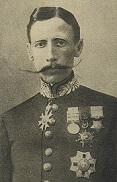













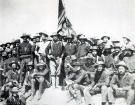











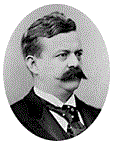








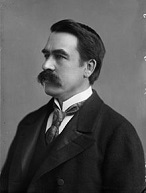















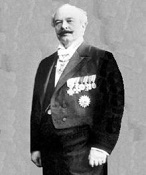




















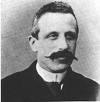
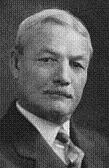
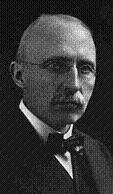



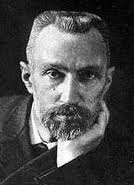

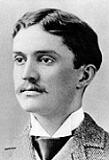
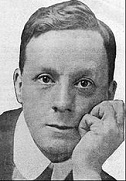

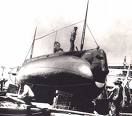







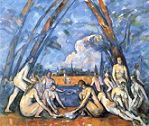

!['Portrait of Rosa Bonheur [1822-99]' by Anna Klumpke (1856-1942), 1898](images/klumpkebonheur1898.jpg)
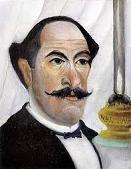


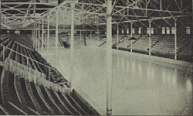
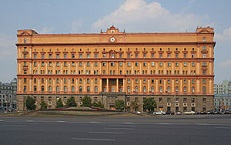
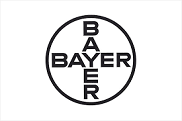
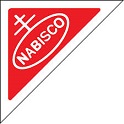
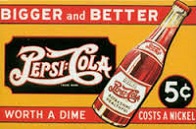
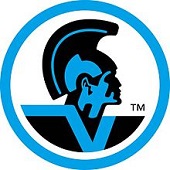
1898 The Great Manure Crisis of 1898 sees horse manure accumulate in the streets of large Western cities incl. New York City, London, and Sydney, causing the 3-day First Internat. Urban Planning Conference to be convened in New York City but fail to find a solution; luckily the horse-drawn carriage solves it for them, with U.S. car sales zooming from 4,192 in 1900 to 356K in 1912; in 1917 the last horse-drawn streetcar in New York City is retired. On Jan. 1 the consolidation and incorporation of the City of Greater New York, at the mouth of the Hudson (North) River occurs with the merger of Brooklyn and Manhattan; the city's five boroughs Manhattan (New York County), the Bronx (Bronx County), Brooklyn (Kings County), Queens (Queens County) and Richmond (Richmond County, Staten Island) have 3.4M pop. total; next year the three eastern towns of Queens County separate to form Nassau County; meanwhile on Jan. 1 New York City-born Dem. judge (Tammany Hall puppet) Robert Anderson Van Wyck (1849-1918) becomes New York City mayor #91 (until Dec. 31, 1901). On Jan. 1 the British begin imposing a hut tax in Sierra, Leone, causing the Hut Tax War as the Temnes led by chief Bai Bureh (1840-1908) revolt against British colonialists, causing the Mende to join also; after pioneering modern guerrilla tactics and scoring some Vs against the Brits, Bai Bureh is captured in Port Loko on Nov. 11, uttering the soundbyte "De war done done", and the British exile him to Gold Coast (Ghana) along with Mende chief Nyagua and Sherbro chief Kpana Lewis; Bai Bureh returns in 1905. On Jan. 12 Prince Ito Hirobumi becomes PM #7 of Japan; on June 30 marquis Okuma Shigenobu (1838-1922) (who learned English from a Dutch missionary and came to admire the New Testament and Declaration of Independence) becomes PM #8 as head of his new Constitutional Govt. Party, forming the first partisan cabinet in Japan, which only lasts 4 mo.; on Nov. 8 screw-civilians field marshal Yamagata Aritomo (1838-1922) (expert on Prussian military science, who modernized the army) becomes Japanese PM #3 (until Oct. 19, 1900), setting up rules giving the military control over the cabinet. On Jan. 13 after new evidence clearing Alfred Dreyfus is uncovered in 1896, and the real culprit Maj. Charles Marie Ferdinand Walsin Esterhazy (1847-1923) is exposed, causing the French army to start a gigantic coverup and acquit Esterhazy in a closed-door court martial on Jan. 10-11 which ignites anti-Semitic riots in Paris, a hero arose to fight for his free-ee-ee-dom, and Emile Zola (1840-1902) pub. J'Accuse!, an open letter to the pres. of France on the front page of the Paris daily L'Aurore, blowing the whistle on "one of the greatest iniquities of the century" and accusing the court of "condemning an accused person on the strength of a secret document" and "in obedience to orders... knowingly acquitted a guilty man", and uttering the immortal soundbyte: "La verite est en marche et rien ne l'arretera" (The truth is on the march and nothing can stop it, bozos); too bad, it only pisses the anti-Semitic Frogs off, and they get him convicted on Feb. 23, 1899 of libel, after which he flees to England until the govt. falls, returning triumphantly with that "you merde-eaters in France screw you" attitude?; Esterhazy is shuttled off quietly to Britain and given a pension, where he spends the rest of his life pub. anti-Semitic lit.; meanwhile the left is revitalized by the Dreyfus affair, causing the reactionary anti-Semitic Action Francaise to be formed by French poet Charles Maurras (1868-1952) et al. On Jan. 20 after Manchu emperor (since 1875) Guang Xu (Kwang-su) tries the Hundred Days of Reforms to Westernize China, four liberals are appointed to the grand council, incl. Tan Sitong (1865-98) and Kang Youwei (1858-1927); too bad, the emperor ends up confined to his palace for 10 years by his manly woman aunt empress dowager Cixi so she can run everything, and the "Six Gentlemen of the Hundred Days' Reform" end up executed, incl. Sitong, while Youwei flees to India. On Jan. 29 Philly-born U.S. Rep. (R-Calif.) (1885-92) and U.S. atty. gen. #42 (since Mar. 5, 1897) Joseph McKenna (1843-1926), son of Irish Roman Catholic immigrants becomes U.S. Supreme Court justice #57 (until Jan. 5, 1925) after being appointed by Pres. McKinley on Jan. 28 to replace the vacancy left by the last Civil-War appointee Stephen J. Field (1863-97), enrolling for classes at Columbia U. Law School to improve his legal education before taking his seat; no more changes until 1902; he goes on to write the dissent in Caminetti v. U.S. (1917), claiming tht the 1910 U.S. Mann (White Slave Traffic) Act only applies to commercial vice ("immoralities having a mercenary purpose"). On Feb. 8 pres. (since 1892) Jose Maria Reina (Reyna) Barrios (b. 1854) is assassinated by Oscar Zellinger (a German), and Manuel Jose Estrada Cabrera (1857-1923) becomes dictator-pres. of Guatemala (until Apr. 15, 1920), going on to become a sock puppet of the U.S.-owned United Fruit Co. and German financiers and institute a secret banana republic police which foments opposition centered around the Church hierarchy; meanwhile he builds a Temple of Minerva in Guatemala City in 1901 (demolished 1971) in an attempt to foist the Cult of Minerva on the banana-picking pop. (demolished in the early 1950s); other temples are built in Quetzaltenango and other cities. The U.S. flexes its imperialist muscle on the Spanish Main, but benevolently? On Feb. 15 the U.S. battleship USS Maine mysteriously blows up in Havana Harbor, killing 260+ officers and crew; the mast is later placed in Arlington Cemetery; after William Randolph Hearst's New York Journal and Joseph Pulitzer's New York World vie to sensationalize the event and inflame public opinion, and Pres. Fuzzy Roosevelt opines about saving the poor Cuban people from Spanish oppression, war becomes inevitable, and McKinley is powerless to stop it; Hearst telegraphs artist Frederic Remington in Havana in Mar.: "You furnish the pictures and I'll furnish the war"; the slogan "Remember the Maine and to Hell with Spain" becomes popular; on Apr. 21 the Spanish-Am. War ("the Journalist's War") begins (ends Aug. 13), turning the U.S. into an imperialist power; too bad, it is later determined that the Maine blew up because of an onboard accident; during the war U.S. soldiers introduce the Water Cure (Torture). On Mar. 19-May 24 the battleship USS Oregon races to join the naval squadron of Commodore Winfield Scott Schley (1839-1911) (flagship Brooklyn) at Key West; it arrives after a 68-day 13K-mi. voyage just in time to help destroy the Spanish fleet outside Santiago on July 3, where U.S. Navy officer Richmond Pearson Hobson (1870-1937) becomes a hero for trying to trap the Spanish fleet by sinking a collier, then is mobbed and kissed by herds of hysterical women in the U.S., and goes on to become a U.S. rep. from Ala. in 1907-15 and introduce the first proposed prohibition amendment to the You Ass Consti Tush; the voyage is later used to drum up support for a new isthmian (Panama) canal. On Mar. 28 the First German Naval Law is passed by the Reichstag, drafted by marine minister Adm. Alfred von Tirpitz (1849-1930), laying the basis for Germany's naval expansion based on the Tirpitz Plan, which figures that the Brits would seek to avoid a military confrontation with a rising German naval power in order to keep their ability to run their world empire, and prefer an arms race instead. The original Wong Raiders of the Lost Ark, or the original Wong Way Corrigan? On Mar. 28 the U.S. Supreme (Fuller) Court votes 6-2 in U.S. v. Wong Kim Ark that Wong Kim Ark (1873-), a child born in the U.S. to Chinese immigrants ("citizen by the accident of birth") is a U.S. citizen; Jusices Melville Fuller and John M. Harlan dissent; Justice Joseph McKenna recuses himself - the limes are permanently down now and all the white citizens can do is wall the towns? In Mar. the secret society of Boxers (Righteous Harmony Band), an anti-foreign, anti-Western org. of Kung-Fu (Chin. "skill") experts recruited from provinical militias is formed in China as a response to German occupation of the Qindao region and British seizure of Weihai, and next year it begins a terror campaign against all foreign devils, er, nationals and Chinese Christians, esp. in N China, backed by dowager empress Cixi - do you do you want my fist? On Apr. 8 14K British and Egyptian troops under field marshal Horatio Herbert Kitchener, 1st Earl Kitchener (1850-1916) win the Battle of Atbara River at its confluence with the Nile River against 15K Allah-Akbar-shouting Sudanese Mahdists (dervishes), losing only 125 British and 443 Egyptian casualties vs. 3K Mahdists, with the Mahdi being taken POW along with 2K others, then on Sept. 2 massacre the remnant led by the Mahdi's self-proclaimed successor Abdallahi ibn Muhammad (Abdullah al-Taashi) (1846-99) at the Battle of Omdurman outside Khartoum, Sudan using Maxim guns; meanwhile the Marchand Mission of 150 French troops under military emissary Jean-Baptiste Marchand (1863-1934) race toward the Nile River from Libreville (Gabon) with the cooperation of the govt. of the Congo, reaching it after 14 mo. of hard trekking in C Africa at Fashoda (Kodok) in S Sudan on July 10, and hoisting the French flag; the rebuilding of Khartoum begins. On Apr. 10 despite Prussia never having had a major navy, after naval secy. of state (1897-1916) Adm. Alfred Peter Friedrich von Tirpitz (1849-1930) takes Mahan's advice and pushes for a Riskflotte (Risk Fleet) that the British Royal Navy can't defeat without unacceptable losses, the German Reichstag passes the First Fleet Act to implement the Tirpitz Plan, declaring a full-blown naval arms race with Britain; more Fleet Acts in 1900, 1908, and 1912. On Apr. 18 French Symbolist painter Gustave Moreau (b. 1826), teacher of Henri Matisse and Georges Rouault dies, and Georges Rouault becomes dir. of the Gustave Moreau Museum in Paris, cranking out Expressionist paintings filled with areas of glowing color heavily outlined in black that look like medieval stained-glass windows - well you can call me lazy but I feel right at home? On Apr. 24 after Pres. McKinley flip-flops from trying to head off war with Spain to supporting it (causing House Speaker Thomas Brackett Reed to split ranks with him, then resign from Congress in 1900), Spain declares war on the U.S. after rejecting an ultimatum to withdraw from Cuba, causing the U.S. to send 40K troops to Yellow Fever Land. On Apr. 25 the Nishi-Rosen Agreement between Japan and Russia pledges non-intervention by both countries in the internal affairs of Korea, although Japan is allowed a free hand in economic matters. On Apr. 25 the U.S. Supreme (Fuller) Court unanimously decides in Williams v. Mississippi that Southern blacks can be tried by all-white juries even when all blacks are kept from serving on juries by state literacy tests, poll taxes, and other subterfuges; an ostensibly fair law like literacy tests and poll taxes to prove people literate and solvent, they can only be voided if its application has been proven to be discriminatory; it is superseded by the 1965 U.S. Voting Rights Act - legal viagra for white Jim Crow supremacists? In Apr. Germany and Austria withdraw their ships from the blockade of Crete after Turkey agrees to withdraw all its forces; Britain, France, Russia, and Italy divide Crete into four depts., guarded by occupation forces; the last Turks leave Crete on Nov. 28, along with large numbers of Muslims; Prince George, 2nd son of George I of Greece is appointed Cretan high commissioner for the Euro occupation forces; for the next decade Crete is all about forcing the Euros to permit union with Greece, led by pro-Greek political leader Eleutherios Venizelos (1864-1936). On May 1 after U.S. Navy asst. secy. Theodore Roosevelt orders him and his Pacific Fleet to take up position in the Philippines without direct authorization of his superiors, U.S. Commodore George Dewey (1837-1917) steams safely past the supposed fortress of 1 mi. x 4 mi. Corregidor Island in Manila Bay (which separates the channel into two, Boca Chica and Boca Grande), then gives the command "You may fire when you are ready, Gridley", destroying the Spanish fleet in the Battle of Manila Bay, blockading the city and waiting for land forces to arrive, which leave San Francisco, Calif. on May 16, and arrive in Cavite on June 30, July 17, and July 30 (12K total); after the city pop. swells from 10K to 70K, threatening starvation, on Aug. 13 Spanish gov.-gen. Basilio Augustin surrenders after a mock battle, making Dewey a hero and keeping the Philippines from total rebel control; after news of the V reaches them, Schlitz Brewing Co. in Milwaukee, Wisc. sends Dewey thousands of bottles of Schlitz beer to celebrate, causing Dewey to order another trainload (67 cars); by the end of the war they ship 219 carloads (700K barrels), pissing-off the Nat. Women's Christian Temperance Union (WCTU). On May 6-10 the Bava-Beccaris Massacre sees food riots in Milan, Italy cruelly quashed by the miliary, who kill 80 demonstrators and inujure 450 while losing two soldiers, leading to the downfall of the Di Rudini govt. in July. On May 11 the torpedo boat USS Winslow attacks Cardenas Harbor, and is disabled by Spanish gunboats, resulting in the death of black cabin cook Elijah B. Tunnell, who becomes the first U.S. casualty of the Spanish-Am. War, and ensign Worth Bagley (b. 1874), who becomes the first and only U.S. naval officer to die in the war, plus three others. On May 12 Paul Kruger is sworn-in as pres. of Transvaal (South African Repub.) for the 4th time, and anti-immigrant feelings by Afrikaners harden, while Uitlander agitation increases, and Sir Alfred Milner tries to help them; Kruger immediately sacks chief justice Kotze, causing cries of tyranny. On May 19 Gen. Emilio Aguinaldo returns from exile to Manila, and reconstitutes the Philippine Rev. Army; on May 28 (10:00 a.m.) the 5-hour Battle of Alapan in Cavite Province is a decisive Filipino V for 18K Philippine rev. troops over 3.1K Spanish troops, after which Aguinaldo unfurls the Philippine Flag and declares Philippine independence from Spain; May 28 becomes Philippine Flag Day, and Cavite holds an annual Kalayaan Festivel; on July 1 Spanish forces surrender to the Filipino rebels; Apolinario Mabini y Maranan (1864-1903) drafts a nationalist platform guaranteeing the property rights of the ilustrados (intellectuals), weakening Aguinaldo's position with the rank and file. On June 1 the U.S. fleet under Adm. William Thomas Sampson (1840-1902) begins blockading Santiago harbor in Cuba; on July 3 the Spanish fleet under Adm. Pascual Cervera y Topete (1839-1909) attempts to break out, and is destroyed in a 5-hour battle. On June 9 Britain and the Qing Dynasty of China sign the Convention for the Extension of Hong Kong Territory (2nd Convention of Peking), negotiated by British diplomat Col. Sir Claude Maxwell MacDonald (1851-1915), leasing Hong Kong for 99 years (who considers it "as good as forever"), with the addition of the New Territories (18 sq. mi.) on the Kowloon Peninsula on the mainland of China - welcome to the casino, I'm Mister Money? On June 14 France and Britain sign a convention delimiting their spheres of influence on the Niger River, followed by a joint declaration on Mar. 21, 1899. On June 15 the Am. Anti-Imperialist League is formed in New England (until 1921) by Mark Twain (1835-1910), Andrew Carnegie (1835-1919), Grover Cleveland, Jane Addams, Ambrose Bierce (1842-1914), John Dewey (1859-1952), Charles Francis Adams Jr., Samuel Gompers, William James (1842-1910), liberal journalist Oswald Garrison Villard (1872-1949) (son of New York Evening Post owner Henry Villard and grandson of William Lloyd Garrison) et al. to fight against U.S. annexation of the "insular areas" (the Philippines), with former U.S. treasury secy. (1869-73) George Sewall Boutwell (1818-1905) as pres. #1 (until 1905); too bad, the founders are mainly for the gold standard and free trade, and in 1900 the league backs anti-imperialist but anti-gold-standard William Jennings Bryan for pres., causing Villard to split and form the short-lived Nat. Party; after endorsing U.S. entry into WWI, it disbands in 1921. On June 20 cruiser USS Charleston captures the island of Guam from the Spanish. In June foreign affairs expert Theophile Delcasse (Theophilé Delcassé) (1852-1923) becomes French foreign minister (until June 1905), going on to shape Euro politics with a French alliance with Britain and Russia against Germany, Austria and Italy. In the summer the Doukhobors (Dukhobors) (Russ. "spirit warriors of Christ") religious sect (kicked out of the Orthodox Church in 1785) with help from English Quakers and Russian writer Leo Tolstoy is permitted to emigrate to British territory, and the first group of 1,126 members sails for Cyprus, followed by two other parties totalling 4K to Canada next Jan., and finally all 7.5K members end up in Canada in Saskatchewan and Assiniboia, joined in 1902 by their Azerbaijan-born leader Peter Vasilevich "the Lordly" Verigin (1859-1924) after release from exile in Siberia, who leads 6K of them to British Columbia, until he is assassinated with a bomb on the Canadian Pacific Railway on Oct. 29, 1924, after which his followers split between his son Peter P. Verigin (-1939) and widow Anastasia F. Golubov (Holuboff) (1885-1965). On July 1 the U.S. Nelson Bankruptcy Act of 1898 is passed, becoming the first U.S. law protecting cos. from creditors; it is amended by the 1938 Chandler Act, and replaced by the 1978 Bankruptcy Act. Caney or can't they? Only their what knows for sure? On July 1 the Battle of El Caney in Cuba sees 500 Spanish solders under Gen. Joaquin Vara del Rey hold off 8K U.S. soldiers for 12 hours, preventing them from taking San Juan Hill while killing 80 and wounding 350 Yankees and taking only 150 casualties of their own, proving that the Spanish coulda been a contender if they had better generals?; the heroics of Calixto Garcia Iniguez cause him to be named Cuban rep. to the U.S. commission on Cuba at the end of the war, although he is denied entrance to Santiago de Cuba after the Spanish surrender. On July 1-2 the Battle of San Juan Hill during the naval Battle of Santiago helps capture the port of Santiago, and gives Col. Theodore Roosevelt (1858-1919) and his Rough Riders (1st U.S. Volunteer Cavalry) (after he resigns as asst. secy. of the Navy this year to organize it) a claim to fame, even though they really go up Kettle Hill because San Juan Hill is too well defended, and fight dismounted in Cuba due to logistical problems; Teddy's fame is mainly the work of Am. war correspondent Richard Harding Davis (1864-1916); since many cowboys from N.D. are in the unit, N.D. becomes known as the Roughrider State; Teddy's superior officer and Rough Riders organizer is brig. gen. Dr. Leonard Wood (1860-1927), personal physician to presidents Cleveland and McKinley, after whom a military base in Mo. is later named; after being mustered out in the summer, Roosevelt is elected gov. of New York in Nov. by a plurality of 18,079 votes. On July 1 the Siege of Baler (last action of the Spanish-Am. War) begins (ends June 2, 1899), after a small Spanish garrison of 50 soldiers begins holding out against 800 Philippine insurgents in a church despite lack of provisions, becoming known as "the last Spanish troops in the Philippines". On July 2 French steamship Bourgogne rams British steel sailing ship Cromartshire and sinks, killing 571. On July 3 Peking U. (originally the Imperial U. of Peking) in Peking (modern-day Beijing), China is founded, becoming the first modern nat. univ. in China, spawning the New Culture Movement, May 4th Movement, 1989 Tiananmen Square Protests et al., becoming their #1 univ. in modern times; alumni incl. Mao Zedong. This magic moment, so different and so new, was like any other, until what happened? On July 4 the Newlands Resolution, passed by the U.S. Senate 42-21 and the U.S. House 209-9, and signed by Pres. McKinley on July 7 officially annexes the Territory of Hawaii (until Aug. 21, 1959), with Sanford B. Dole appointed provisional gov.; on Aug. 12 Pres. McKinley proclaims the legal theft, er, annexation, and a formal ceremony is held on the steps of 'Iolani Palace in Honolulu, which is boycotted by Hawaiians; the cool Hawaiian flag (with 8 stripes for the 8 islands, plus a field) is taken down, cut up and distributed as souvenirs, pissing-off the Hawaiians more; on June 2 the first U.S. troops en route to the Philippines for the Spanish-Am. War arrive in Honolulu, beginning a continuing U.S. military presence in Hawaii (until ?). On July 25 the U.S. army invades Puerto Rico; for the next two years Puerto Rico is governed by a U.S. military occupation. On Aug. 12 Manila falls to U.S. forces, ending the Spanish-Am. War (begun Apr. 25); U.S. Brig. Gen. Arthur MacArthur Jr. (1845-1912) (father of Gen. Douglas MacArthur) is appointed military gov. of the Philippines until next year, when William Howard Taft is appointed civilian gov. and he gets in a pissing match with him and is removed - old soldiers never die? On Aug. 24 Russian Tsar Nicholas II invites 26 nations to a peace conference at The Hague for next year, and they agree to attend, although with mutual mistrust and dislike. On Sept. 2 the Battle of Omdurman in Sudan outside Khartoum sees the British under Gen. Sir Herbert Kitchener defeat an army led by the Mahdi's self-proclaimed successor Abdullah al-Taashi (Abdallahi ibn Mohammed) (1846-99). On Sept. 2 pres. (since Apr. 7, 1889) Wilford Woodruff (b. 1807) dies, and on Sept. 13 his son-in-law Lorenzo Snow (1814-1901) becomes Mormon (LDS) pres. #5 (until Oct. 10, 1901), going on to marry seven wives, getting convicted of three counts of polygamy and appealing to the U.S. Supreme Court, which rules in Ex Parte Snow that it's all just one count; he also adopts the principle of tithing (10%) as a condition of membership, causing church debts of $2.3M to be paid by Apr. 1907, and first defines the LDS doctrines of exaltation and eternal progression (evolving into a God), coining the motto: "As man now is, God once was: As God now is, man may be"; on Apr. 5, 1900 not wanting young whippersnapper John Willard Young (1844-1924) (son of Brigham Young) (disliked for his lavish New York City lifestyle and risky business ventures when he should have been in Salt Lake City attending to church business?) to succeed him, he gets the requirement of being ordained an apostle the longest changed to being a member of the Quorum of the Twelve Apostles the longest, while preventing him from being a member - Young's sin was that he was too young? On Sept. 8 Queen Wilhelmina is crowned queen of the Netherlands (until 1948) - I'd like to have it like this for the rest of my life? On Sept. 18 a flotilla of gunboats on the Nile led by Horatio Kitchener reaches French-held Fashoda, beginning the Fashoda Incident (Crisis), nearly bringing Britain and France to war, but after a visit by Russian envoy Muraviev to Paris in Oct. results in no support, and foreign minister Theophile Delcasse calms the chamber of eputies, France backs down, withdraws from Fashoda on Nov. 3 and relinquishes its claims to the upper Nile region next Mar. 21 in return for junk land in the Sahara; Delcasse's policy of friendship with Britain hits a snag, but he keeps it going? On Sept. 30 John Milton Hay (1838-1905), former private secy. of Abraham Lincoln, and U.S. ambassador to Britain since 1897 becomes U.S. secy. of state #37 (until July 1, 1905). On Oct. 12 former pres. #8 (1880-6) Gen. Alejo Julio Argentino Roca Paz (1843-1914) becomes pres. #13 of Argentina (until Oct. 11, 1904). In Oct. Kaiser Wilhelm II visits Palestine and Syria, incl. Damascus, Constantinople, strengthening Ottoman-German ties and launching the Pan-Arab movement, resulting in Germany becoming their #1 weapons supplier, investing heavily in the Baghdad Railway (1899) and other capital projects; on Oct. 28 after the Kaiser rides under festive arches erected by dignitaries of Christianity, Islam, and Judaism, Austrian-Hungarian Zionist founder Theodor Herzl (1860-1904) briefly meets with him outside the walls of Jerusalem as he rides by on a white stallion with a gold helmet, and after Herzl waits with his safari hat in hand for an official recognition of his plan for resettling Jews in Israel, the Kaiser utters the soundbyte: "The land needs water, very much wasser." On Nov. 10 the Wilmington Massacre (Insurrection) (Race Riot) of 1898 in Wilmington, N.C. sees an attempted coup d'etat as a group of 2K armed whites of the Southern Dem. Party led by Col. Alfred Moore Waddell, pissed-off at the Fusionist biracial Repub. govt. march on city hall and overthrow the elected local govt., running the officials (esp. the blacks) out of town, destroying the city's only black newspaper The Daily Record and killing 60-300+, causing the Cape Fear River to runs red with blood; next year Dems. in N.C. begin passing a bunch of Jim Crow laws incl. a poll tax and literary test; the first attempted coup in the U.S. (until ?). On Nov. 21 France and Italy sign a commercial treaty ending their long hard tariff war, and marking Italy's gradual departure from the Triple Alliance, caused by failure of their colonial policy as well as domestic instability. In Nov. the Korean Independence Club is dissolved, but popular opinion calls the king to reinstate it, then he flip-flops on Dec. 26 and arrests its leaders, causing riots. Yet another Treaty of Paris (last 1856)? On Dec. 10 the Treaty of Paris is signed by the U.S. and Spain, ending Spain's 400-year domination of Cuba, which is granted its independence; U.S. troops run the Cuban govt. for the next four years; Philippine independence claims are ignored, and the U.S. purchases the Philippines from Spain for $20M (making the Pacific Ocean an American lake?); Puerto Rico and Guam are placed under U.S. control (the U.S. ends up owning a third of Guam); on Dec. 21 Pres. McKinley issues a proclamation stating that the U.S. policy on the Philippines is one of benevolent assimilation. On Dec. 29 Zeta Beta Tau ("Zebes") Jewish fraternity is founded by Richard James Horatio Gottheil (1862-1936) at Columbia U. as a Zionist youth society, with the initials ZBT interpreted from the Book of Isaiah to mean "All Men Are Brothers"; by 2000 it has 130K brothers and 80 student chapters; famous brothers incl. Jack Benny, Leonard Bernstein, Peter Yarrow, Burton Baskin, Samuel Goldwyn, Jack Warner, Armand Hammer, George Macy, Bernard Gimbel, William S. Paley, Newton Minow, Robert Shapiro, Mike Wallace, and Jerry Bruckheimer. Gifford Pinchot becomes chief of the Div. of Forestry of the U.S. Dept. of Agriculture (until 1910). After the tin mines of Oruro supplant the silver mines of Potosi, La Paz (founded in 1548) replaces Sucre as the capital of Bolivia, becoming the highest nat. capital. British support of the U.S. in its war with Spain, despite gen. European opposition, initiates the Era of Good Feelings between Britain and the U.S., where commonalities in culture are emphasized and past peccadillos overlooked. Mary Baker Eddy founds the Christian Science Pub. Society in Boston, Mass. as the pub. arm of the First Church of Christ, Scientist; in 1908 it begins pub. the Christian Science Monitor. Romanian-born Jewish scholar Solomon Schechter (1847-1915), prof. of Hebrew at the U. of London travels to the Near East and Egypt, where he collects 50K ancient mss. and fragments, incl. several lost chapters of the apocryphal Old Testament book of Ecclesiasticus, all of which he donates to Cambridge U. The village of Harbin, China is linked by a railroad, and begins to blossom, becoming the 10th largest city in China (modern pop. 2.5M). New Zealand adopts old age pensions. The Swiss federal govt. receives the power to purchase privately owned railroads and unify and enforce civil and penal codes. The U.S. Congress raises taxes on cigarettes 200% to pay for the war with Spain, and passes the first federal excise tax on telephones. The Russian Social Dem. Labor Party is founded on Marxist principles, later spawning the Bolsheviks. Austrian Emperor Francis Josef I's wife Elizabeth is assassinated by an Italian anarchist in Geneva. The U.S. Geological Survey finds that 20,32-ft. Mt. McKinley in Alaska is taller than 19,850-ft. Mt. Logan in the Yukon, once considered the tallest peak in North Am. After French climbers Charles Wiener, J. de Grumkow, and J.C. Ocampo fail to do it in May 1877, British climber Sir William Martin Conway (1856-1937) and Swiss guides A. Maquignaz and L. Pellissier make the first recorded ascent of 21,122-ft. Mount Illimani in Bolivia, coming in from the SW, finding a piece of Aymara rope at 20K ft. The city of Tulsa, Okla. (Creek "old town") (founded in 1836 by Creek and Lochapoka Indians) on the Arkansas River is incorporated on Jan. 18, later becoming known as "the Oil Capital of the World". The ancient Jewish town of Kfar Saba (Heb. "grandfather's village") in C Israel is reestablished by Jews who purchase 7.5K dunams of land from an Arab village; after the Ottomans make life difficult there, combined with the remote location, there are only 14 Jews living there in 1922, but it grows to 4,320 in 1945 and 81.6K in 2007. Anaconda Mine owner Marcus Daly negotiates a pact with the Standard Oil Co. to form the Amalgamated Copper Co., becoming one of the largest trusts to date in history. Russia obtains a lease of Port Arthur. The Ecole Francais d'Extreme-Orient is established in Saigon, Vietnam by the French for the study of East Asian culture; moved to Hanoi on Jan. 20, 1900. DePaul U. is founded in Chicago, Ill. by the Roman Catholic Vicentians, going on to become the largest Roman Catholic univ. in the U.S. After turning Theosophist, British freethinker activist Annie Besant (1847-1933) founds Central Hindu College in Varanasi, India in July, becoming the nucleus of Banaras Hindu U. (1916). Wethersfield, Conn.-born Bryn Mawr College historian ("Dean of American Colonial Historians") Charles McLean Andrews (1863-1943) and Canton, Maine-born Columbia U. historian Herbert Levi Osgood (1855-1918) pub. articles in the annual report of the Am. Historical Assoc. (AHA) which found the Imperial School of Am. Historians, who deemphasize the tyranny of the hated Brits and emphasize the efficiency and civilizing influence of the White-Is-Right British Empire, blaming the Am. Rev. on failure to keep up with changes in Am. society. Wilhelm Gericke becomes conductor of the Boston Symphony Orchestra again (until 1906). After the govt.-run Assoc. of Berlin Artists rejects a landscape by Walter Leistikow (1865-1908), wealthy German Jewish artist Max Liebermann (1847-1935) launches the Berliner Succession (Berliner Sezession) avant-garde art gallery for 65 artists as an alternative (ends 1911). Elizabeth Towne (1865-1960) of Holyoke, Mass. begin pub. The Nautilus: A Journal of New Thought (until Aug. 1953), popularizing New Thought. Syrian-born Muhammad Rashid Rida (1865-1935) and Egyptian-born Muhammad Abduh (1849-1905) found the weekly mag. Al-Manar (Arab. "The Lighthouse") in Cairo, Egypt (until 1935), promoting Islamic Modernism (Modernist Salafism), based on education in Western science and technology while straining against the restrictions of their medieval faith but striving to preserve the unity of the Ummah (Muslim nation). The Nat. Live Stock Assoc. holds its first meeting in Denver, Colo., featuring a lecture on "The American Hog: Now Bred for Meat Rather than Grease"; their BBQ is crashed by "hobos and hoodlums", who "gorged themselves on beer... men on their bellies were draining the dregs from the beer barrels" while waiters chuck chunks of meat and bread at them; next year the bums don't show up, but the delegates "worshiped Bacchus" with booze and dancing girls. By this year there are at least 50 automobile manufacturers in the U.S. The Paris Metro is begun. The Glasgow School of Art in Scotland is founded; the bldg. is designed by Charles Rennie Mackintosh (1868-1928) (finished 1909). Dublin-born Victor Herbert (1859-1924) becomes conductor of the Pittsburgh Symphony Orchestra in Penn. (until 1904). About this year New Orleans, La.-born George Vital "Papa Jack" Laine (1873-1966) begins leading the Reliance Brass Band marching band, fusing European, African, and Latin music and incubating future jazz musicians while fighting Jim Crow segregation laws by calling African-Am. musicians Cuban, Mexican, etc.; he retires in 1920. English actor Sir Johnston Forbes-Robertson (1853-1937) becomes a star with his perf. of Shakespeare's "Hamlet", going on to be touted as the greatest in the role in the 19th cent. Italian baritone Titta Ruffo (1877-1953) makes his debut in Rome, becoming known as "the voice of the lion", and rising to #2 in opera after Giuseppe de Luca - a little too bit ruffo to be #1? Arturo Toscanini appears at La Scala in Milan. Bamforth & Co. Ltd. in West Yorkshire, England, maker of lantern slides begins producing silent monochrome films, often featuring a char. named Winky, inventing film editing with "The Kiss in the Tunnel" (1899); in 1910 they begin producing dirty seaside postcards, which become so popular that they end their filmmaking in 1915 after 100+ films. Gaumont British Picture Corp. is founded as a subsidiary of the French Gaumont Film Co., opening Lime Grove Studios in Shepherd's Bush, West London in 1915, becoming the first bldg. built in Britain solely for film production; in 1920 it opens Islington (Gainsborough) Studios, where Alfred Hitchcock gets his start as an intertitle writer, going independent in 1922 before being acquired in 1927 by Gainsborough Pictures; it is acquired by the BBC in 1949 and used for TV. Hepworth Studios is founded in Walton-on-Thames, Surrey, England by Cecil Milton Hepworth (1874-1953), going on to produce "The Beggar's Deceit" (1900) followed by 25 more films incl. "Comin' Thro the Rye" (1923), which are all lost when the negatives are melted down to sell the silver; in 1926 it becomes Nettlefold Studios; it closes in Mar. 1961. The William Morris Agency is founded in New York City by a Jewish German immigrant, becoming the #1 lit. and talent agency in the world, with a trademark consisting of a W superimposed on an M to make four X's. Wallaces' Farmer farm mag., owned by "Uncle Henry" Wallace of Iowa (grandfather of U.S. agriculture and commerce secy. Henry Wallace) begins pub. in Jan. (until ?), with a cover photo of a giant hog named Tecumseh. The Chicago Mercantile Exchange in Ill. is founded; called the Chicago Butter and Egg Board until 1919. Hiltl Restaurant is opened in Zurich, Switzerland for "grass eaters" (Grassfressen) (vegetarians). Nabisco (Nat. Biscuit Co.) in East Hanover, N.J. is founded from the merger of several U.S. biscuit cos., incl. Am. Biscuit and Manufacturing Co. of Chicago (founded in 1890 from the merger of 40 bakeries), New York Biscuit Co. (formed from seven east coast bakeries), and U.S. Baking Co., giving a total of 114 bakers; in 1901 they first use the name Nabisco on a sugar wafer; in 1981 it merges with Standard Brands, which merges in 1985 with R.J. Reynolds to become RJR Nabisco; in 1999 it acquires Favorite Brands Internat.; in 2000 Philip Morris acquires it and merges it with Kraft Foods, which in 2011 splits-off its snack food business into Mondelez Internat. Orrefors Swedish glassworks opens. Hispano Suiza (Spanish-Swiss) (original name La Cuadra) is founded in Barcelona, Spain by artillery capt. Emilio de la Cuadra and Swiss engineer Marc Birkigt (1878-1953) to build gasoline engines, with a stork logo; in 1902 they sell it to J. Castro, who goes bankrupt in Dec. 1903, and on June 14, 1904 it is restructured, opening the assembly factory Hispano France in 1911 in the Paris suburb of Levallois-Perret; in 1911 they design the first 4-cylinder 16-valve engine, and the first real sports car, the Hispano Suiza 45 Cr; in 1919-33 they produce the luxurious "car of the century" H6, with an inline 6-cylinder overhead camshaft engine based on their WWI V8 aluminum aircraft engine; in 1923 the French subsidiary becomes semi-autonomous. Louis Renault (1877-1944) builds his first automobile, the Renault Voiturette 1CV, with a revolutionary universally-jointed driveshaft and 3-speed gearbox with reverse, and the 3rd gear in direct drive; on Nov. 24 after winning a bet by driving it up steep Lepic St. in Montmarte, he receives his first 13 orders. Honolulu Brewing and Malting Co. ("Hawaii's original beer") is founded in Honolulu, Hawaii by Alfred Hocking, launching the Primo lager brand in 1901; in 1933 it becomes Hawaii Brewing Corp.; in 1963 it is acquired by Schlitz Brewing Co., which moves production in 1979 to Los Angeles, Calif. before being acquired by Stroh Brewery Co. in 1982; in 1997 Stroh discontinues it; in 1999 Pabst acquires Stroh, and in 2007 brings the Primo brand back. Architecture: The Neo-Baroque yellow-brick Lubyanka Bldg. on Lubyanka Square in Meshchansky District, Moscow, Russia is built for the All-Russia Insurance Co., designed by architect Alexander V. Ivanov; after the Oct. 1917 Russian Rev., it is taken over by the Bolshevik Cheka secret police, becoming known as the tallest bldg. in Moscow because Siberia can be seen from its basement by tortured prisoners. and expanded in 1940-7 by architect Aleksey Victorovich Shchusev (1873-1949). The 12.5-mi. Simplon Tunnel through the Alps between Brig, Switzerland and Domodossola, Italy is begun, becoming the world's longest tunnel (finished 1906). Josef Olbrich designs the Secession Bldg. in Vienna, with a simple cubelike form and flat undecorated walls, starting a trend. On Dec. 31 the Montreal (Westmount) Arena in Westmount, Quebec, Canada (cap. 10K) opens as the 3rd arena expressly designed for ice hockey; it closes in 1918. Sports: On Jan. 4-Mar. 5 the 1898 Amateur Hockey Assoc. of Canada (AHAC) Season sees the Montreal Victorias win with an 8-9, retaining the Stanley Cup. On Dec. 14, 1898 after a Dec. 10 Amateur Hockey Assoc. of Canada (AHAC) meeting in Montreal votes to allow the Ottawa Capitals to join, pissing-off the Montreal Victorias, Montreal Hockey Club, Ottawa Hockey Club, and Quebec Bulldogs, who quit and regroup, the Canadian Amateur Hockey League (CAHL) is founded, adding the Montreal Shamrocks after rejecting the McGill U. Hockey Club; in 1899 the CAHL pioneers the use of netting for goals; it folds in 1905. The Arizona Cardinals (originally Morgan Athletic Club, then Racine Normals) are formed in Chicago, Ill., becoming the oldest U.S. football club to survive to modern times; after getting dark red uniforms from the defunct Chicago Maroons college team, they change their name to Chicago Cardinals in 1920 and join the NFL, then merge with the Pittsburgh Steelers in 1944 for one season, then move to St. Louis, Mo. in 1960, where they become known as "the Big Red", then move to Phoenix, Ariz. in 1988, playing in the Sun Devil Stadium of Arizona State U., becoming the Phoenix Cardinals, changing their name to Arizona Cardinals in 1994; they don't win a Super Bowl until ?. The Chicago Unions Giants black baseball team is formed in Ill. by Frank C. Leland; in 1905 they become the Leland Giants. The overhead dribble, double dribble, and 2-handed dribble are banned in basketball. ML baseball introduces the Balk Rule. The Nat. Basketball League (NBL) is formed in Philadelphia, Penn.; on Dec. 1 the first game sees the Trenton Nationals defeat the Hancock Athletic Assoc. by 21-19 in Textile Hall in Philadelphia before 900 fans; the first champion is the Trenton Nationals, followed by the New York Wanderers, Bristol Pile Drivers, and Camden Electrics; in Jan. 1904 (five seasons) after expanding to seven teams it folds, with the Camden Electrics in first place when it disbands. Former Chicago White Stockings ML baseball star Adrian Constantine "Cap" "Pop" Anson (1852-1922) opens Anson's Emporium in Chicago, Ill., complete with 10 bowling lanes and 22 billiard tables; a diehard white racist who won't even play on the same field with blacks, guess who aren't allowed?; on Feb. 23, 1904 he sponsors the ABC nat. tournament in Cleveland, Ohio, bowling 199-152-186-537, with his team totalling 2,737. Architecture: The Bayard (Bayard-Condict) Bldg. in New York City, designed by Henri Louis Sullivan is built, becoming his only work in the Big Apple. Work begins on the U.S. Navy base at Pearl Harbor (Hawaiian "Wai Momi" = Pearl Waters) in Oahu, Hawaii; in 1909 a drydock is begun over caves believed by Hawaiians to be home to a shark goddess, and when it collapses during construction and a large shark skeleton is found in the foundation, a kahuna priest is called in to ritually cleanse the area, after which the drydock is officially opened by U.S. Navy secy. Josephus Daniels in Aug. 1918. Inventions: German gunsmith Wilhelm Brenneke (1865-1951) invents the Brenneke Slug, the first modern shotgun slug. Tyrol, Austria-born Georg Johann Luger (1849-1923) patents the Pistole Parabellum (Lat. "Si vis pacem, para bellum" = If you seek peace, prepare for war) recoil-operated semi-automatic pistol, using special 9mmx19mm cartridges manufactured by the Deutsche Waffen und Munitionsfabriken Aktien-Gesellschaft in Karlsruhe and Berlin; in 1908 the model 1908 is introduced, which uses 7.65mm ammo; it goes on to be adopted by the Swiss army in May 1900, the Imperial German Navy in 1904, the German Army in 1908, who also adopt the Lange Pistole 08 (Artillery Luger) pistol carbine, complete with 8-position tangent rear sight, shoulder stock, and holster, plus an optional 32-round drum magazine. On Nov. 29 Franz Burger of Fort Wayne, Ind. receives U.S. Patent #614,832 for a "machine for cleaning fabrics", consisting of dual steam-powered "vacuum-chambers" (first known use of the term "vacuum" for a cleaning device), a boxlike rectangular "extractor" with a perforated face and rollers to be pressed to the fabric, and a flexible connecting tube with a rigid tubular handle with a hand valve to turn off the suction when not needed; the whole unit can be mounted on a stationary base in a bldg. or on a wheeled truck. On June 14 J. Eaton-Shore receives British Patent #13,298 for a device "for withdrawing and sterilizing dust and other minute or light particles of matter", consisting of a hooded broom with suction. Washington, D.C.-born engineer Edson Fessenden Gallaudet (1871-1945), son of Gallaudet U. founder Edward Miner Gallaudet builds a kite with the first warping-wing mechanism, going on to found the Gallaudet Engineering Co. in Norwich, Conn. in 1908, which test-flies an all-metal aircraft at Wright Field on June 20, 923 before selling its assets in 1924. On Mar. 1 A.F. Gue and P.J. Bonner receive British Patent #5,050 for an improved carpet sweeper and beater with a rotary brush, beaters, rocker shaft with flat spring, rotary gear-wheel, fan to provide suction, and a water tank covered by a grating with a layer of curled hair. Nikola Tesla demonstrates a radio-controlled boat called the teleautomaton. Bayer Pharmaceutical Products of Darmstadt, Germany begins marketing a new, rather habit-forming cough suppressant formula (good also for laryngitis and TB), with its trademarked drug Heroin (diacetylmorphine) as it main ingredient ("Heroin, the medicine for coughs"); the name is derived from the German word heroisch (large, powerful); German chemist Heinrich Dreser (1860-1924) is dir. of research, and is also responsible for the commercialization of Bayer Aspirin (named after acetyl + Ger. "Spirsaure" = salicylic acid) about this time. Pepsi-Cola (originally "Brad's Drink", developed in 1893) is first marketed on Aug. 28 by Bern, N.C. pharmacist Caleb Davis Bradham (1867-1934) as a cure for stomach troubles and a digestive aid, named after pepsin and cola, even though it contains no pepsin, only cola, vanilla, sugar, and "rare oils"; he doesn't incorporate until 1902, and registers his trademark in 1903, then goes bankrupt in 1923 when sugar prices skyrocket, selling out for $35K. Karl Ferdinand Braun patents the principle of resonance-coupled circuits for radio transmitters and receivers. Albert Giblin, an employee of the British firm owned by Thomas Crapper (1836-1910) patents the Silent Valveless Water Waste Preventer. :) County Clare, Ireland-born engineer John Philip Holland (1841-1914) and his Holland Torpedo Boat Co. of Elizabethport, N.J. launch the USS Holland (SS-1) (originally the Holland VI), a submarine with internal combustion engines for surface operation and electric motors for undersea operation, selling it to the U.S. Navy, becoming the first sub they formally commission; on Feb. 7, 1899 new owner Isaac Leopold Rice renames it the Electric Boat Co.; Holland resigns in Apr. 1904, after which the co. get into a scandal by selling submarines to the Japanese as well as the Russians, British, and Dutch; after WWII ends in 1945, the co. workforce shrinks from 13K to 4K by 1946; in 1946 it buys Canadair from the Canadian govt. for $10M, going on to win defense contracts from the Canadian govt.; on Apr. 24, 1952 it reorganizes as General Dynamics; in Mar. 1953 it purchases Convair, makers of the Atlas ICBM, becoming the #4 defense contractor on Earth by 2010. Arthur Constantine Krebs invents the steering wheel for his Panhard cars as a replacement for the tiller, complete with non-reversible steering and engine balance, which is first used in the Paris-Amsterdam race on July 7-13; when his driver Fernand Charron wins, Charles Stewart Rolls of Britain introduces steering wheels in his cars. Kites are first used bigtime for observation in the Spanish-Am. War. Science: Viruses are discovered and named by Dutch microbiologist Martinus Willem Beijerinck (1851-1931), starting with tobacco mosaic virus; too bad, in 1892 Russian microbiologist Dmitri Iosifovich Ivanovski (1864-1920) discovered viruses first, but didn't pub. his findings - you get the nail polish remover, I'll get the cookies? French meteorologist Leon (Léon) Teisserenc de Bort (1855-1913) pub. a paper in Comptes Rendus detailing his experiments with high-flying hydrogen balloons, announcing his discovery of a temperature inversion that ends the lapse rate at approx. 11 km alt., going on to coin the terms "troposphere", "tropopause", and "stratosphere". Polish-born French brain babe Marie Curie (1867-1934) coins the term "radioactivity"; she and her hubby Pierre Curie (1859-1906) Radium (Ra) (#88) (named after radioactivity) (Dec. 21) and Polonium (Po) (#84) (named after her native Poland) in pitchblende from the St. Joachimsthal mines in Bohemia, winning them the 1903 Nobel Physics Prize; early medical uses found for radioactivity in cancer treatment cause it to be billed as a fountain of youth until its cancer-causing power is discovered. German physicist Friedrich Ernst Dorn (1848-1916) of Halle discovers radioactive noble gas Radon (Rn) (#86) as a gas given off by radium, becoming the 3rd radioactive element discovered after radium and polonium. German psychiatrist Sigbert Josef Maria Ganser (1853-1931) first describes drip-drip-drip Ganser Syndrome AKA Nonsense Syndrome, Balderdash Syndrome, Syndrome of Approximate Answers, (Hysterical) Pseudodementia, and Prison Psychosis. Italian physician Camillo Golgi (1843-1926) first describes the Golgi Apparatus in the cell using his Golgi staining technique with silver chromate, winning the 1906 Nobel Med. Prize; it is not verified until the 1950s using the electron microscope. Entomologist Charles Marlatt names Cicada Broods, of which only 17 actually exist, and two more die by the end of the cent., leaving 15. The rare gas elements Krypton (Kr) (#36) (1 part in 20M in the atmosphere), Neon (Gr. "new") (Ne) (#10) (1 part in 65K in the atmosphere), and Xenon (Xe) (#54) are discovered by British chemists Sir William Ramsay and Morris W. Travers in liquid air. Japanese bacteriologist Kiyoshi Shiga (1871-1957) discovers the dysentery bacillus. Wilhelm Wien identifies a positive particle in ionized gas which leads him next year to invent Mass Spectroscopy, using the mass/charge ratio; after J.J. Thompson takes over in 1913, the particle turns out to be the proton. Williamsburg, Mass.-born psychologist Edward Lee "Ted" Thorndike (1874-1949), student of James McKeen Catrell at Columbia U. pub. his dissertation "Animal Intelligence: An Experimental Study of the Associative Processes in Animals", pioneering animal psychology experiments, and concluding that they learn by trial and error not insight, but at different speeds, which he calls Connectionism. Photographs are first taken utilizing artificial light. The Shroud of Turin is discovered to be a negative image of a crucified man by Italian photographer Secondo Pia (1855-1941) after he takes the first photos of it on May 28. Nonfiction: Enoch Arnold Bennett (1867-1931), Journalism for Women. Otto von Bismarck (1815-98), Reflections and Reminiscences (Gedanken und Errinerungen) (autobio.). Jan Bloch (1836-1902), Is War Now Impossible? (Paris); claims that warfare in the modern Maxim gun world has become obsolete in Europe because it would turn into no-win trench warfare, distributing copies at the First Hague Peace Conference in 1899; too bad, he doesn't foresee massive artillery bombardment and tanks; he also meets with Theodor Herzl and telegraphs a recommendation memo to the tsar, then lobbies the Russian govt. to lift its ban on the sale of shares of the Zionist Jewish Colonial Trust (later the Israeli Nat. Bank). Bowker Co., The American Art Directory. Borden Parker Bowne (1847-1910), Philosophy of Theism, The Christian Revelation. Oscar Browning (1837-1923), Peter the Great. Sir Richard Francis Burton (1821-90), The Jew, Gypsy, and El Islam (posth.). Nicholas Murray Butler (1862-1947), The Meaning of Education: Contributions to a Philosophy of Education. Samuel Butler (1835-1902) (tr.), Homer's Iliad. Edward Perkins Channing (1856-1931), A Students' History of the United States. Chapman Pub. Co., Portrait and Biographical Record of Denver and Vicinity, Colorado: Containing Portraits and Biographies of Many Well Known Citizens of the Past and Present: Together with Biographies and Portraits of All the Presidents of the United States. Winston Churchill (1874-1965), The Story of the Malakand Field Force: An Episode of Frontier War; articles first pub. in the Daily Telegraph for £5 each. Marie Corelli (1855-1924), Flora Annie Webster Steel (1847-1929), Susan Hamilton, Lady Ardagh, and Susan Marie Elizabeth Stewart-Mackenzie Jeune, Baroness St. Helier, The Modern Marriage Market. Sir George Howard Darwin (1845-1912), The Tides and Kindred Phenomena of the Solar System. Neal S. Dow (1804-97), Reminiscences (posth.). Charles William Eliot (1834-1926), Educational Reform. John Fiske (1842-1901), The American Revolution (2 vols.); The Critical Period of American History: 1783-1789. Hamlin Garland (1860-1940), Ulysses Grant: His Life and Character. James Geikie (1839-1915), Earth Sculpture. Daniel Coit Gilman (1831-1908), University Problems. J.R. Green, A Short History of the English People. Laurence Gronlund (1846-99), The New Economy. Lafcadio Hearn (1850-1904), Exotics and Retrospectives. Sven Anders Hedin (1865-1952), Through Asia. Shadworth Hollway Hodgson (1832-1912), The Metaphysic of Experience (4 vols.); disses empiricism for postulating persons and things, claiming that neither subject nor object are warranted as initial considerations of philosophy, foreshadowing New Realism. J.K. Huysmans (1848-1907), La Cathedrale; studies Chartres Cathedral and its symbolism to bring him to God. A.S. Kizevetter, Zolotaya Orda i Islam v Istorii Srednevekovii Rossii; relations between Muslims and Mongols in Medieval Rus. Stanley Lane-Poole (1854-1931), Saladin: All-Powerful Sultan and the Uniter of Islam. Andrew Lang (1844-1912), The Making of Religion; The Companions of Pickle. Giacomo Leopardi (1798-1837), Zibaldone (posth.). Henry Demarest Lloyd (1847-1903), Labor Co-Partnerships. Patrick Manson (1844-1922), Tropical Diseases. Tomas Masaryk (1850-1937), Modern Man and Religion. Alice Meynell (1847-1922), The Spirit of Place (essays); London Impressions. James Mooney (1861-1921), Calendar History of the Kiowa Indians. Max Mueller (1823-1900), Auld Lang Syne (autobio.). Robert Edwin Peary (1856-1920), Northward Over the Great Ice; incl. a nude photo of his Eskimo mistress Allakasignwah, which is not much appreciated by his dutiful wife Josephine and their daughters. Jean Jacques Elisee Reclus (1830-1905), La Revolution et l'Ideal Anarchique. Agnes Repplier (1855-1950), Philadelphia: The Place and the People. James Harvey Robinson (1863-1936), Petrarch, the First Modern Scholar and Man of Letters (first book). Leon Say (1826-96), Les Finances de la France sous la Troisieme Republique (4 vols.) (1898-1901) (posth.). Boris Sidis (1867-1923), The Psychology of Suggestion: A Research into the Subconscious Nature of Man and Society. Georges Sorel (1847-1922), L'Avenir Socialiste des Syndicats. Sir Leslie Stephen (1832-1904), Studies of a Biographer (4 vols.) (1898-1902). Francois Thureau-Dangin (1872-1944), First Steps in Assyrian: A Book for Beginners; a description of cuneiform signs, strengthening the music-in-the-air theory that they were originally based on pictographs. Myhaylo Tugan-Baranovsky (1865-1919), The Russian Factory in Past and Present. Thorstein Veblen (1857-1929), Why is Economics not an Evolutionary Science; coins the term Evolutionary Economics, making use of anthropology to deny that there is a universal human nature, emphasizing the conflict between "industrial" or instrumental and "pecuniary" or ceremonial values, which becomes known as the Ceremonial/Instrumental Dichotomy. Lester Frank Ward (1841-1913), Outlines of Sociology. Ellen Gould White (1827-1915), The Desire of Ages; life of Christ. Alfred North Whitehead (1861-1947), Universal Algebra; develops the ideas of neglected German mathematician Hermann Grassmann. Knut Wicksell (1851-1926), Interest and Prices; distinguishes between natural and money rate of interest, and proposes that interest rates be used to maintain price stability instead of the gold standard like the Austrian School of Economics wants, making a fan of John Maynard Keynes, and inspiring the Stockholm School of Economics. Movies: Thomas Edison (1847-1931), Burial of the Victims of the Maine; The Statue of Liberty - he expected it to move? Lumiere Brothers, Lyon, France; one of the first stable tracking shots. Music: Eugene d'Albert (1864-1932), Die Abreise (opera). Ferruccio Busoni (1866-1924), Violin Sonata in E Minor. Ernest Chausson (1855-99), Chanson Perpetuelle; lyrics by Charles Cros. Zdenek Fibich (1850-1900), Symphony No. 3. Harry Lawrence Freeman (1869-1954), Nadia (opera). Victor Herbert (1859-1924), The Fortune Teller (operetta) (Wallack's Theatre, New York) (Sept. 26) (40 perf.). Edward Alexander MacDowell, Sea Pieces, Op. 55. Andre Messager (1853-1929), Veronique (opera). Ethelberg Woodbridge Nevin (1862-1901), The Rosary. Nikolai Rimsky-Korsakov (1844-1908), Sadko (opera) (Jan. 7) (Dec. 26 Old Style) (Solodovnikov Theatre, Moscow); The Tsar's Bride (opera); The Noblewoman Vera Sheloga (opera). Jean Sibelius (1865-1957), Symphony No. 1 in E minor (1898-9). James Thornton (1861-1938), When You Were Sweet Sixteen; big favorite of barbershop quartets. Giuseppe Verdi (1813-1901), Stabat Mater; Te Deum. Amy Woodforde-Finden (1860-1919), Song of the Lotus-Lily; lyrics by Marie Carelli. Art: Arnold Bocklin (1827-1901), Plague. Paul Cezanne (1839-1906), Les Grandes Baigneuses (The Bathers) (series) (1898-1905). Robert Henri (1865-1929), Woman in Manteau. Anna Klumpke (1856-1942), Portrait of Rosa Bonheur; their "divine marriage of two souls", living together in Bonheur's chateau with no romantic relationship. Jule Joseph Lefebvre (1836-1911), Love Sharpening Its Arrows. Henri Rousseau (1844-1910), Le Lion, Ayant Faim, se jette sur l'Antilope; a big hit at the Paris Salon d'Automne of 1905, silencing the ridicule and making fans of Pablo Picasso, Guillaume, Apollinaire, Georges Braque et al., who all visited him in his studio to do homage, with Wassily Kandinsky praising him in the Blauer Reiter almanac as the “father of grand realism”. Plays: Bjornstjerne Bjornson (1832-1910), Paul Lange and Tora Parsberg; against political intolerance. Eugene Brieux (1858-1932), Le Resultat des Courses; the evils of betting by Parisian workmen. Will Marion Cook (1869-1944) and Paul Laurence Dunbar (1872-1906), Clorindy; or, The Origin of the Cakewalk (Casino Theatre's Roof Garden, New York City); becomes the first all-black show on Broadway; incl. the song Darktown is Out Tonight. Clyde Fitch (1865-1909), Barbara Frietchie. Owen Hall (1853-1907), Harry Greenbank and Sidney Jones, A Greek Slave (musical) (Daly's Theatre, London) (June 8) (349 perf.); stars Marie Tempest, Letty Lind, and Rutland Barrington. Herman Heijermans (1864-1924), Ghetto. Seymour Hicks, Harry Nicholls, and Ivan Caryll, A Runaway Girl (musical) (Gaiety Theatre, London) (May 21) (593 perf.). Catulle Mendes (1841-1909), Medee; La Reine Fiammette; music by Xavier Leroux. Arthur Wing Pinero (1855-1934), The Gay Lord Quex (comedy). Georges de Porto-Riche (1849-1930), Theatre d'Amour; incl. La Chance de Francoise, L'Infidele, Amoureuse, Le Passe. Maurice Prendergast (1858-1924), The Balloon; St. Mark's Venice; Easter Procession St. Mark's; Grand Canal, Venice (1898-9); Monte Pincio (1898-9). Jean Richepin (1849-1926), Le Chien de Garde. George Bernard Shaw (1856-1950), Caesar and Cleopatra; You Never Can Tell (comedy); coins the name Gloria. Carl Spitteler (1845-1924), Conrad der Leutnant. Marie Spartali Stillman (1844-1927), Beatrice. August Strindberg (1849-1912), The Road to Damascus (trilogy) (1898-1902). Emile Verhaeren (1855-1916), Les Aubes (first play). Poetry: Hilaire Belloc (1870-1953), The Modern Traveller. Wilfred Scawen Blunt (1840-1922), The Quatrains of Youth. Bliss Carman (1861-1929), By the Aurelian Wall, And Other Elegies. Victor Daley (1858-1905), At Dawn and Dusk (debut). Thomas Hardy (1840-1928), Wessex Poems and Other Verses (debut); incl. "Hap"; "If but some vengeful god would call to me / From up the sky, and laugh: “Thou suffering thing, / Know that thy sorrow is my ecstasy, / That thy love's loss is my hate's profiting!” Laurence Housman (1865-1959), Spikenard. Edgar Lee Masters (1868-1950), A Book of Verses (debut). Kostes Palamas (1859-1943), Taphos (The Tomb). Banjo Paterson (1864-1941), T.Y.S.O.N. (Dec. 15). Oscar Wilde (1854-1900), The Ballad of Reading Gaol; written in exile in France, and pub. under the alias c.3.3 (cell block C, landing 3, cell 3); about the hanging of Royal Horse Guards trooper Charles Thomas Wooldridge (b. 1866) on July 7, 1896 for murdering his wife Laura Ellen, which he witnessed in jail; "Yet each man kills the thing he loves/ By each let this be heard./ Some do it with a bitter look,/ Some with a flattering word./ The coward does it with a kiss,/ The brave man with a sword!" Francis Wilson (1854-1935), The Eugene Field I Knew. Novels: Enoch Arnold Bennett (1867-1931), The Man from the North (first novel). Sir Walter Besant (1836-1901), The Changeling. William Black (1841-98), Wild Eelin. Vicente Blasco-Ibanez (1867-1928), The Cabin (La Barraca). Louis Henri Boussenard (1847-1910), L'île en Feu; about Cuba's struggle for independence. Pieter Cornelis Boutens (1870-1943), Verzen. Mary Elizabeth Braddon (1837-1915), Rough Justice. Sandor Brody (1863-1924), The Silver Goat. Robert Williams Buchanan (1841-1901), Father Anthony. Abraham Cahan (1860-1951), The Imported Bridegroom and Other Stories. Robert William Chambers (1865-1933), Ashes of Empire. Paul Laurence Dunbar (1872-1906), The Uncalled (first novel). Kenneth Grahame (1859-1932), Dream Days. H. Rider Haggard (1856-1925), Doctor Theme; Swallow. Knut Hamsun (1859-1952), Victoria; miller's son Johannes falls in love with wealthy landowner heiress. Henry Harland (1861-1905), Comedies and Errors. Joel Chandler Harris (1848-1908), Tales of the Home Folks in Peace and War (short stories). Lafcadio Hearn (1850-1904), Japanese Fairy Tales. Josef Holecek (1853-1929), Our People (10 vols.) (1898-1930). Anthony Hope (1863-1933), Rupert of Hentzau; sequel to "Prisoner of Zenda". William Wymark Jacobs (1863-1943), Sea Urchins (More Cargoes) (short stories). Henry James (1843-1916), The Turn of the Screw; The Two Magics. Johannes Vilhelm Jensen (1873-1950), Himmerland Stories (1898-1910). Mary Johnston (1870-1936), Prisoners of Hope (first novel); about colonial Va. Alexander Kuprin (1870-1938), Olesya. John Luther Long (1861-1927), Madame Butterfly (short story); turned into a play in 1900 by David Belasco (1853-1931) and into an opera in 1904 by Giacomo Puccini (1858-1924). Pierre Loti (1850-1923), Figures et Choses qui Passaient; Judith Renaudin. Charles Major (1856-1913), When Knighthood Was in Flower (first novel); bestselling romance about Henry VIII's England. Kalman Mikszath (1847-1910), New Zrinyiad. Silas Weir Mitchell (1829-1914), The Adventures of Francois. George Moore (1852-1933), Evelyn Innes. Frank Norris (1870-1902), Moran of the Lady Letty. Edward Phillips Oppenheim (1866-1946), Mysterious Mr. Sabin; A Daughter of Astrea; As a Man Lives. Sir Gilbert Parker (1862-1932), The Battle of the Strong. Eden Phillpotts (1862-1960), Children of the Mist; first of 18 novels about Dartmoor, England. Morgan Robertson (1861-1915), Futility; about ocean liner Titan, which hits an iceberg on a calm Apr. night en route to New York City, after which many die for lack of lifeboats. Amanda McKittrick Ros (1860-1939), Delina Delaney; makes her enough money to buy her home Iddesleigh; "Have you ever visited that portion of Erin's plot that offers its sympathetic soil for the minute survey and scrutinous examination of those in political power, whose decision has wisely been the means before now of converting the stern and prejudiced, and reaching the hand of slight aid to share its strength augmenting its agricultural richness?"; "I first read this sentence nearly three years ago. Since then, I have read it once a week in an increasingly desperate search for meaning, but I still don't understand it." (Nick Page) Leopold von Sacher-Masoch (1836-95), Entre Nous (posth.). Francis Hopkinson Smith (1838-1915), Caleb West, Master-Driver. Italo Svevo (1861-1928), Senilita (As a Man Grows Older) (Emilio's Carnival). Mark Twain (1835-1910), From the 'London Times' of 1904; describes the Telelectroscope, a "limitless-distance" telephone; "Day by day, and night by night, he called up one corner of the globe after another, and looked upon its life, and studied its strange sights, and spoke with its people, and realized that by grace of this marvellous instrument he was almost as free as the birds of the air, although a prisoner under locks and bars"; a prediction of the Internet? Mary Augusta Humphry Ward (1851-1920), Helbeck of Bannisdale. Theodore Watts-Dunton (1832-1914), Aylwin; bestseller about the Romany (Gypsies). H.G. Wells (1866-1946), The War of the Worlds; incl. "The Coming of the Martians", and "The Earth Under the Martians". Births: French Algiers Putsch gen. Andre Zeller (d. 1979) on Jan. 1 in Besancon. Am. "Spirit of St. Louis" aviator and aircraft manufacturer Tubal Claude Ryan (d. 1982) on Jan. 3 in Parsons, Kan. Irish aviation pioneer James Michael Christopher Fitzmaurice (d. 1965) on Jan. 6 in Dublin. Am. "You Asked For It" TV host Art Baker (Arthur Shank) (d. 1966) on Jan. 7 in New York City. English "Sally" singer-comedian Dame Gracie Fields (nee Stansfield) (d. 1979) on Jan. 9 in Rochdale, Lancashire; begins singing in a movie theater at age 8; marries Italian dir. Monty Banks (1897-1950) in 1940, moving to Capri, losing her British citizenship; created dame in 1979. Am. basketball-baseball player (black) ("the fastest man in basketball") Clarence Reginald "Fats" Jenkins (d. 1968) on Jan. 10 in New York City. Danish playwright and Lutheran pastor Kaj Harald Leininger Munk (d. 1944) on Jan. 13 in Lolland. Am. "Mutiny on the Boundy", "The Way We Were", "The Goodbye Girl" film editor Margaret Booth (d. 2002) on Jan. 14 in Los Angeles, Calif. Am. "The Mountain Meadows Massacre" Mormon historian Juanita Pulsipher Brooks (nee Juanita Leone Levitt) (d. 1989) on Jan. 15 in Bunkerville, Nev.; descendant of Dudley Leavitt (1830-1908); deducated at BYU, and Columbia U. Am. "Now, Voyager", "The Corn is Green"" dir. Irving Rapper (d. 1999) on Jan. 16 in London, England. Spanish Catalan architect Carles Buigas (Buïgas) i Sans (d. 1979)Ahmad Mirza Shah Qajar (Kajar) (d. 1930) on Jan. 21 in Tabriz; son of Mohammad Ali Shah Qajar (1872-1925). Am. Dem. Miss. gov. (1960-4) Ross Robert Barnett (d. 1987) on Jan. 22 in Standing Pine, Miss.; educated at the U. of Miss. Russian "Alexander Nevsky", "Battleship Potemkin" dir.-producer Sergei Mikhailovich Eisenstein (d. 1948) on Jan. 23 in Riga, Latvia; architect father. British actor Wallace Lupino (d. 1961) on Jan. 23 in Edinburgh, Scotland; brother of Lupino Lane (1892-1959); father of Richard Lupino, uncle of Ida Lupino. Am. "Ride the High Country" actor Randolph Scott (Crane) (d. 1987) on Jan. 23 in Orange County, Va. Am. writer-activist Winifred "Freda" Utley (d. 1978) on Jan. 23 in London, England; educated at King's College, London; starts out Communist, visits the Soviet Paradise Union, sees her hubby Arcadi Brdichevsky arrested in 1936, escapes to the U.S., and turns anti-Communist. Canadian industrialist-philanthropist and British MP (1939-45) Willard Garfield Weston (d. 1978) on Jan. 26 in Toronto, Ont. British gen. Sir Richard Loudon McCreery (d. 1967) on Feb. 1 in Market Harborough; descendant of John McAdam (1756-1836); educated at Eton College, and Sandhurst; knighted in 1944. Finnish Modernist architect Hugo Alvar Henrik Aalto (d. 1976) on Feb. 3 in Kuortane; big on wood and fan-shaped bldgs. Am. Modernist "Dark Symphony" poet-educator (black) Melvin Beaunorus Tolson (d. 1966) on Feb. 6 in Moberly, Mo.; educated at Lincoln U. and Columbia U.; head of the 1935 debate team at Wiley College in Marshall, Tex. German Marxist philosopher-philanthropist Felix Jose Weil (d. 1975) on Feb. 8 in Buenos Aires, Argentina; educated at the U. of Tubingen, and U. of frankfurt. German (Bavarian) "Mother Courage" poet-playwright-mgr. Eugen Berthold Friedrich "Bertolt" Brecht (d. 1956) on Feb. 10 in Augsburg, Bavaria; husband of (1922-7) Marianne Zoff and (1930-56) Helene Weigel (1900-71). Am. "Guys and Dolls", "The Wild One" actor Robert Keith (Rolland Keith Richey) (d. 1966) on Feb. 10 in Fowler, Ind.; father of Brian Keith (1921-97); husband of Laura Anne Corinne Jackson, Helena Shipman, (1927-32) Hollywood Sign jumper Peg Entwistle (1908-32), and Dorothy Tierney. French "Belle du Jour" novelist-journalist (Jewish) Joseph Kessel (d. 1979) on Feb. 10 in Clara, Entre Rios, Argentina; Lithuanian Jewish father. German anti-Nazi activist Walter Kreiser (d. 1958) on Feb. 10 in Heilbronn. Am. nuclear physicist (Jewish) Leo Szilard (d. 1964) on Feb. 11 in Budapest, Hungary; emigrates to England in 1933, and the U.S. in 1938, becoming a U.S. citizen in 1943; discoverer of the nuclear chain reaction in 1933 while waiting for traffic lights to change on Southampton Row in Bloomsbury, England. U.S. ambassador to France (1949-52), West Germany (1957-9), and Britain (1961-9) ("the last American aristocrat" - Nelson D. Lankford) David Kirkpatrick Este (K.E.) Bruce (d. 1977) on Feb. 12 in Charlotte County, Va.; educated at the U. of Va. Am. "A Patch of Blue", "Phroso the Clown in Freaks" actor Wallace Ford (Samuel Jones Gundy) (d. 1966) on Feb. 12 in Bolton, Lancashire, England; appears in many John Ford flicks although he is no relation. Am. :Abraham Lincoln Walks at Midnight" composer Roy Ellsworth Harris (d. 1979) on Feb. 12 in Chandler, Okla.; born in a log cabin on Abraham Lincoln's birthday; gorws up in Covina, Calif.; educated at UCB. Am. astronomer (founder of Gen. Morphological Analysis) Fritz Zwicky (d. 1974) on Feb. 14 in Varna, Bulgaria; Swiss parents; father is Bulgarian ambassador to Norway; emigrates to the U.S. in 1925. Japanese "Black Rain" novelist Masuji Ibuse (d. 1993) on Feb. 15 in Kamo, Fuuyama, Hiroshima. Italian #1 actor-singer-songwriter ("the Prince of Laughter") Toto (Totò) (Prince Antonio Griffo Focas Flavio Angelo Ducas Comneno Porfirogenito Gagliardi De Curtis di Bisanzio) (d. 1967) (AKA Antonio De Curtis) on Feb. 15 in Naples; born in poverty, rises to become the #1 Italian actor of all time. Italian 6'1-1/2" automaker ("the Commendatore") Enzo Anselmo Ferrari (d. 1988) on Feb. 18 in Modena. Am. Time mag. co-founder Briton Hadden (d. 1929) on Feb. 18 in Brooklyn, N.Y.; educated at Yale U.; business partner of Henry R. Luce (1898-1967). Puerto Rican gov. #1 (1949-65) Jose Luis Alberto Munoz (Muñoz) Marin (d. 1980) on Feb. 18 in San Juan; educated at the U. of Ohio; husband (1919-46) of Muna Lee (1895-1965). Russian inventor Semyon Davidovich Kirlian (d. 1978) on Feb. 20 in Yekaterinodar (Krasnodar); of Armenian descent. Am. anti-Semitic white supremacist conservative Christian preacher-politician (Disciples of Christ) Gerald Lyman Kenneth Smith (d. 1976) on Feb. 27 in Pardeeville, Wisc.; educated at Valparaiso U.; friend of Huey P. Long; builder of the Christ of the Ozarks in 1966. English steam engineer Guy Stewart "G.S." Callendar (d. 1964) on Feb. ? in Montreal, Canada; son of Hugh Longbourne Callendar (1863-1930). French philologist George Dumezil (Dumézil) (d. 1986) on Mar. 4 in Paris. German Gen. Hans Krebs (d. 1945) on Mar. 4 in Helmstedt. Chinese PM #1 (1949-76) and foreign minister #1 (1949-58) (atheist) Chou En-lai (Zhou Enlai) (d. 1976) on Mar. 5 in Zhejiang; grows up in Huaian, Jiangsu. Japanese world's oldest woman (2013-) Misao Okawa (nee Aoki) (d. 2015) on Mar. 5 in Tenma-Ku, Osaka. Am. silent film actress Dorothy Elizabeth Gish (d. 1968) on Mar. 11 in Dayton, Ohio; sister of Lillian Gish (1893-1993). Am. jazz trombonist Irving Milfred "Miff" Mole (d. 1961) (The Original Memphis Five) on Mar. 11 in Roosevelt, Long Island, N.Y. Am. "Sons of Katie Elder", "How the West Was Won" dir.-producer Henry Hathaway (d. 1985) on Mar. 13 in Sacramento, Calif. Am. artist Reginald Marsh (d. 1954) on Mar. 14 in Paris, France; grows up in Nutley, N.J.; educated at Yale U. known for his depictions of life in New York City; not to be confused with actor Reginald Marsh (1926-2001). Puerto Rican Afro-Antillano poet Luis Pales (Palés) Matos (d. 1959) on Mar. 20 in Guyama. Am. Puma founder Rudolf Dassler (d. 1974) on Mar. 26 in Herzogenaurach, Bavaria; brother of Adidas founder Adi Dassler (1900-78). Russian celeb Maria (Matryona) Grigorievna Rasputin (d. 1977) on Mar. 26 in Pokrovskoye, Tobolsk Province, Siberia; daughter of Grigori Rasputin (1869-1916). Am. child prodigy (peridromophile) (IQ 275) (world's highest IQ?) William James Sidis (d. 1944) (AKA Frank Folupa) on Apr. 1 in New York City; highly educated Russian Jewish immigrant parents cram him with education starting at infancy, and he allegedly reads at 18 mo. and speaks eight languages at age 8; "A wonderfully successful result of a scientific forcing experiment" (New York Times); educated at Harvard U.; uncle of Clifton Fadiman (1904-99); claims the Universe is eternal and the Big Bang is bull; argues for universal use of 1-way streets. Belgian "The Strange Ride" surrealist playwright-poet Michel de Ghelderode (Adhemar Adolphe Louis Martens) (d. 1962) on Apr. 3 (Palm Sun.) in Ixelles. Am. "Private Izzy Murphy" actor-singer-songwriter-producer (Jewish) ("Toastmaster General of the U.S.") George Albert Jessel (d. 1981) on Apr. 3 in Bronx, N.Y.; known for liking young show girls, giving great eulogies, and supporting both the Vietnam War and civil rights, calling the New York Times "Pravda" on The Tonight Show in 1971. Am. Time Mag. publisher-editor Henry Robinson Luce (d. 1967) on Apr. 3 in Dengzhou, China; son of Presbyterian missionaries; educated at Yale U.; husband (1935-) of Clare Boothe Luce (1903-87); conservative Repub. and leader of the pro-Chiang Kai-shek China Lobby. Am. "Lady Diana Mayo in The Sheik" silent film actress Agnes Ayres (Agnes Eyre Henkel) (d. 1940) on Apr. 4 in Carbondale, Ill. Austrian tenor Julius Patzak (d. 1974) on Apr. 9 in Vienna. Am. Green Bay Packers football coach Earl Louis "Curly" Lambeau (d. 1965) on June 1 in Green Bay, Wisc. Am. "Old Man River" singer-actor-activist (Communist) (black) Paul Leroy Robeson (d. 1976) on Apr. 9 in Princeton, N.J.; of Igbo descent; son of Rev. William Drew Robeson and Maria Louisa Bustill; educated at Rutgers U. (Cap & Skull) (Phi Beta Kappa) (valedictorian), and Columbia U.; inducted into the college football hall of fame in 1995. Am. "Chelsea Rooming House poet Horace Gregory (d. 1982) on Apr. 10 in Milwaukee, Wisc.; educated at the U. of Wisc.; husband (1925-) of Marya Zaturenska (1902-82). U.S. Rep. (D-S.C.) (1939-73) John L. McMillan (d. 1979) on Apr. 12 near Mullins, S.C. Am. soprano Alice Josephine "Lily" Pons (d. 1976) on Apr. 12 in Draguignan (near Cannes), France; becomes a U.S. citizen in 1940. Am. electrical engineer (inventor of the negative feedback amplifier in 1927) Harold Stephen Black (d. 1983) on Apr. 14 in Leominster, Mass.; educated at Worcester Polytechnic Inst. Am. "Dinner at Eight", "Martin Kane, Private Eye" actor William Lee Tracy (d. 1968) on Apr. 14 in Atlanta, Ga. Am. auto racer Peter DePaolo (d. 1980) on Apr. 15 in Philadelphia, Penn.; nephew of Ralph De Palma (1882-1956). Am. Firestone Tire and Rubber Co. CEO (1941-) Harvey Samuel Firestone Jr. (d. 1973) on Apr. 20 in Chicago, Ill.; son of Harvey Firestone Sr. (1868-1938); educated at Princeton U. Spanish "History of the Heart" poet Vicente Pio Marcelino Cirilo Aleixandre y Merlo (d. 1984) on Apr. 26 in Seville. Am. playwright-biographer-gag writer ("Captain of Comedy") ("King of the Gag Writers") (Jewish) David Freedman (d. 1936) on Apr. 26 in Botosani, Romania; emigrates to the U.S. in 1900; educated at CCNY. English filmmaker ("Father of British and Canadian Documentary Film") John Grierson (d. 1972) on Apr. 26 in Deanston (near Doune), Scotland; brother of Ruby Grierson (1904-40); educated at the U. of Chicago; founder of the Nat. Film Board of Canada. Am. "Madeline" children's writer-illustrator-humorist Ludwig Bemelmans (d. 1962) on Apr. 27 in Meran, Tirol, Austria; Belgian parents; emigrates to the U.S. in 1914. German SS Capt. August Hirt (d. 1945) on Apr. 28 in Mannheim, Baden. English "Hound of the Baskervilles", "The Lemon Drop Kid" dir. Sidney Lanfield (d. 1972) on Apr. 30. Israeli PM #4 (1969-74) (Jewish) (Zionist) (atheist) Golda Meir (Heb. "one who shines") (Meyerson) (nee Mabovitch) (d. 1978) on May 3 in Kiev, Russia; emigrates to New York City in 1903, and Milwaukee, Wisc. in 1905; moves to Denver, Colo. in 1912, where she meets sign painter Morris Meyerson (Myerson) (1893-1951), moves back to Milwaukee in 1913, attends the U. of Wisc. and becomes a schoolteacher, marries him on Dec. 24, 1917, then moves with him to join a kibbutz in Palestine in 1921, and works her way up the Zionist ladder; minister of labor in 1949-56; changes name to Meir in 1956; minister of foreign affairs in 1956-66. Am. baby food magnate Daniel Frank "Dan" Gerber (d. 1974) on May 6 in Fremont, Newaygo County, Mich. German SS officer Konrad Ernst Eduard Henlein (d. 1945) on May 6 in Maffersdorf, Bohemia. Am. "the Story of Civilization" historian (Jewish) Ariel Durant (Chaya Kaufman) (d. 1981) on May 10 in Proskurov (Chmelnitski), Ukraine; emigrates to the U.S. in 1901; wife (1913-) of Will Durant (1885-1981). Malaysian sultan #5 (1938-42) and #7 (1945-60) Hisamuddin Alam Shah Al-Haj ibni Almarhum (d. 1960) on May 13 in Selangor. Am. "Shim-Me-Sha-Wabble" jazz drummer (black) Arthur James "Zutty" Singleton (d. 1975) on May 14 in Bunkie, La. French "Garance in Les Enfants du Paradis", "old woman in the Longest Day" actress-singer-model Arletty (Leonie Marie Julie Bathiat) (d. 1992) on May 15 in Courbevoie (near Paris). Am. pilot Leon Dewey "Lee" Cuddeback (d. 1984) on May 16. Kiwi 5'10-1/2" heavyweight boxer ("the Hard Rock from Down Under") Thomas "Tom" Heeney (d. 1984) on May 18 in Gisbourne. Am. New Thought minister Joseph Murphy (d. 1981) on May 20 in Ireland; educated at USC. Am. internat. trader (Occidental Petroleum founder) (Jewish) Armand Hammer (d. 1990) on May 21 in New York, N.Y.; of Russian Jewish descent; grandfather of Michael Armand Hammer (1955-); great-grandfather of Armie Hammier (1986-). German Adm. Walter Hennecke (d. 1984) on May 23 in Betheln, Saxony. Am. "Willie Walters in The Bing Crosby Show" actor Frank McHugh (d. 1981) on May 23 in Homestead, Penn. German Nazi official (Reichskommissar of Norway) Josef Antonius Heinrich Terboven (d. 1945) on May 23 in Essen. Am. humorist (founder of Random House) (Jewish) Bennett Alfred Cerf (d. 1971) on May 25 in New York City; of Alsatian and German descent; educated at Columbia U. Am. Long Count Fight heavyweight boxing champ (1926-8) ("the Fighting Marine") James Joseph "Gene" Tunney (d. 1978) on May 25 in New York City. Am. "The Power of Positive Thinking" minister-speaker-writer Norman Vincent Peale (d. 1993) on May 31 in Bowersville, Ohio; student of Ernest Holmes (1887-1960); Methodist minister father; ordained by the United Methodist Church in 1922, then quits in 1932 to minister the Marble Collegiate Reformed Church in New York City for 50+ years. Am. baritone "Whispering" Jack Smith (John Schmidt) (d. 1950) on May 31 in Bronx, N.Y.; his voice is injured by mustard gas in WWI, causing him to develop a distinctive whispering style of singing. U.S. Adm. Jerauld Wright (d. 1995) on June 4 in Amherst, Mass.; NATO Atlantic Fleet cmdr. (SACLANT) (1954-60). Italian shoe designer Salvatore Ferragamo (d. 1960) on June 5 in Bonito (near Avellino); emigrates to the U.S in 1914; educated at USC. Spanish "Lament for a Bullfighter" poet-playwright (gay) Federico Garcia Lorca (d. 1936) (pr. gar-THEE-ah) on June 5 in Fuente Vaqueros; likes to wear bow ties? Am. "Holiday Inn" actor Walter Abel on June 6 in St. Paul, Minn. British Royal Ballet founder (1931) Dame Ninette de Valois (Edris Stannus) (d. 2001) on June 6 in Blessington, County Wicklow, Ireland; emigrates to England in 1905; created dame in 1951. Italian novelist-dramatist-journalist-diplomat Curzio Malaparte (Kurt Erich Suckert) (d. 1957) on June 9 in Prato, Tuscano; German father, Italian Lombard mother; Malaparte is a pun on the word Bonaparte. English psychiatrist-mathematician (Quaker) Lionel Sharples Penrose (d. 1972) on June 11; educated at Cambridge U.; father of Oliver Penrose (1929-), Roger Penrose (1931-), and Jonathan Penrose (1933-). Dutch artist Maurits Cornelis "Mauk" Escher (d. 1972) on June 17 in Leeuwarden. British last WWI trench soldier ("the Last Fighting Tommy") Henry John "Harry" Patch (d. 2009) on June 17 in Combe Down, Bath, Somerset. German "All Quiet on the Western Front" novelist ("the recording angel of the Great War") Erich Paul Remark (Erich Maria Remarque) (d. 1970) on June 22 in Osnabruck, Westphalia (25 mi. from the Netherlands border). German aircraft designer-industrialist Wilhelm Emil "Willy" Messerschmitt (d. 1978) on June 26 in Frankfurt am Main. Am. "Uncle Petri in Lassie" actor George Chandler (d. 1985) on June 30 in Waukegan, Ill. Soviet diplomat Vladimir Georgievich Dekanozov (Dekanozishvili) (d. 1953) on June ? in Baku. Am. journalist and "American Mercury" ed. (Jewish) Eugene Lyons (d. 1985) on July 1 in Uzlian, Russia; grows up in New York City; 1st cousin of David Sarnoff (1891-1971). U.S. Battle of the Bulge gen. Anthony Clement "Nuts" "Old Crock" McAuliffe (d. 1975) on July 2 in Washington, D.C. English "Anna in The King and I" actress Gertrude Lawrence (Gertrude Alexandra Dagmar Lawrence Klasen) (d. 1952) on July 4 in London; lifelong friend of Noel Coward (1899-1973); makes stage debut at age 10 in "Babes in the Wood" in London. German-Austrian "Comintern March" composer (Jewish) ("the Karl Marx of Music") Hanns Eisler (d. 1962) on July 6 in Leipzig; moves to Vienna in 1901; brother of Austrian Communist Party co-founder Ruth Fischer (1895-1961) and Gerhard Eisler (1897-1968); flees to the U.S. in 1933, and is deported in 1948 after being put on the Hollywood Blacklist. Hungarian Communist leader Erno Gero (nee Singer) on July 8 in Terbegec. English "The Loom of Youth" novelist (inventor of the cocktail party) Alexander Raban "Alec" Waugh (d. 1981) on July 8 in London; brother of Evelyn Waugh (1903-66). Am. Dem. Ky. gov. #49 (1955-9) and ML baseball hall-of-fame commissioner #2 (1945-50) Albert Benjamin "Happy" Chandler Sr. (d. 1991) on July 14 in Corydon, Ky. English "Me and My Girl" popular music composer (the English Irving Berlin?) Noel Gay (Reginald Moxon Armitage) (d. 1954) (AKA Stanley Hill) on July 15 ni Wakefield, Yorkshire; educated at the Royal College of Music, and Christ's College, Cambridge U. Am. photographer (inventor of the autopole) Berenice (Bernice) Abbott (d. 1991) on July 17 in Springfield, Ohio; student of Man Ray. German "Totally Administered Society", "One-Dimensional Man", "Eros and Civilization" Marxist Frankfurt School philosopher-sociologist (Jewish) Herbert Marcuse (d. 1979) on July 19 in Berlin; emigrates to Switzerland in 1933; becomes a U.S. citizen in 1940. Soviet field marshal Vasily Danilovich Sokolovsky (d. 1968) on July 21 in Kozliki, Grodno. Am. "John Brown's Body" poet-novelist Stephen Vincent Benet (Benét) (d. 1943) on July 22 in Bethlehem, Penn.; son of Col. James Walker Benet, col. of ordnance in the U.S. Army., and brother of poet William Rose Benet (1886-1950); educated at Yale U. Am. historian Charles Sackett Sydnor (d. 1954) on July 21 in Augusta, Ga.; educated at Johns Hopkins U. Am. sculptor Alexander "Sandy" Calder (d. 1976) on July 22 in Lawnton, Penn.; begins making mobiles and wire constructions of circuses in 1926, then turns to abstract art in 1930. Am. economist (Jewish) ("Founder of Econometrics") Jacob Marschak (d. 1977) on July 23 in Kiev, Ukraine; educated at the U. of Heidelberg; starts out as Russian Menshevik, then emigrates to Germany in 1919, and the U.S. in 1940. Am. surgeon Warren Henry Cole (d. 1990) on July 24 in Clay Center, Kan.; educated at Washington U. Am. "The True Believer", "The Ordeal of Change" writer (atheist) ("the Longshoreman Philosopher") Eric Hoffer (d. 1983) on July 25 in Bronx, N.Y.; Alsatian German immigrant parents. Am. "Phantom of the Opera" film dir. Arthur Lubin (Arthur William Lubovsky) (d. 1995) on July 25 in Los Angeles, Calif. USMC Lt. Gen. Lewis Burwell "Chesty" Puller (d. 1971) on June 26 in West Point, Va.; father of Lewis Burwell Puller Jr. (1945-94); first Marine to receive five Navy Crosses (until ?). Am. surgeon Charles William Mayo (d. 1968) on July 28 in Rochester, Minn.; son of Charles H. Mayo (1865-1939). English archeologist Anthony John "A.J." Arkell (d. 1980) on July 29 in Hinxhill, Kent. Am. physicist (Jewish) Isidor Isaac Rabi (d. 1988) on July 29 in Rymanow, Galicia (Poland); emigrates to the U.S. at age 1; educated at Cornell U., and Columbia U. English "Nature's Mirror" sculptor-painter Henry Spencer Moore (d. 1986) on July 30 in Castleford, Yorkshire; son of a coal miner; educated at the Leeds School of Art; known for his abstract monumental bronze sculptures located around the world, featuring reclining nudes and mother-child motifs, rock-tree-bone motifs, and massive garment folds. Italian car manufacturer-racer Ernesto Maserati (d. 1975) on Aug. 4; brother of brother of Bindo Maserati (1883-1980), Alfieri Maserati (1887-1932), and Ettore Maserati (1894-1990). Italian Neo-Ricardian economist (in Britain) (Jewish) (agnostic) Piero Sraffa (d. 1983) on Aug. 5 in Turin; educated at the London School of Economics. Am. "Tin Man and Hickory in The Wizard of Oz" actor John Joseph "Jack" Haley (d. 1979) on Aug. 10 in Boston, Mass.; father of Jack Haley Jr. (1933-2001). Austrian actor (Jewish) Oskar Homolka (d. 1978) on Aug. 12 in Vienna. French "Four Musketeers" tennis hall-of-fame player ("the Bounding Basque") Jean Robert Borotra (d. 1994) on Aug. 13 in Domaine du Pouy (near Biarritz), Aquitaine. Am. "Sgt. Les Hart in Burke's Law", "The Big Sleep" actor John Regis Toomey (d. 1991) on Aug. 13 in Pittsburgh, Penn. Am. "Merrily We Roll Along", "Don't Sit Under the Apple Tree", "Those Lazy Hazy Crazy Days of Summer" hall-of-fame songwriter (Jewish) Charles Tobias (d. 1970) on Aug. 15 in New York City; grows up in Worcester, Mass.; brother of Harry Tobias and Henry Tobias. Am. "Prevention" health food mag. publisher (Jewish) Jerome Irving Rodale (Cohen) (d. 1971) on Aug. 16 in New York City; father of Robert David Rodale (1930-90); popularizes the term "organic" for food grown sans pesticides. Am. Niscience founder Ann Ree Colton (d. 1984) on Aug. 17 in Atlanta, Ga. Polish physicist and pacifist Leopold Infeld (d. 1968) on Aug. 20 in Cracow; collaborator of Albert Einstein at Princeton U. in 1936-8. Am. Abe Lincoln's next-to-last descendant Mary Lincoln "Peggy" Beckwith (d. 1975) on Aug. 22 in Des Moines, Iowa; sister of Robert Todd Lincoln Beckwith (1904-85). Am. stage actress (Jewish) Francine Larrimore (Fanya Levovsky) (d. 1975) on Aug. 22 in Verdun, France; niece of Jacob Adler (1855-1926); sister-in-law of Robert Warwick (1878-1964). Am. art collector (Jewish) Marguerite "Peggy" Guggenheim (d. 1979) on Aug. 26; daughter of Benjamin Guggenheim (1865-1912); niece of Solomon Robert Guggenheim (1861-1949); wife (1942-6) of Max Ernst (1891-1976). Am. "Exile's Return" Marxist novelist-poet-journalist-critic Malcolm Cowley (d. 1989) on Aug. 28 in Belsano, Penn. Am. "Sullivan's Travels", "The Great McGinty" screenwriter Preston Sturges (Edmund Preston Biden) (d. 1959) on Aug. 29 in Chicago, Ill. Am. "Lola Delaney in Come Back, Little Sheba", "Hazel" actress Shirley Booth (Marjory Ford) (d. 1992) on Aug. 30 in Brooklyn, N.Y. Am. "Island of Lost Souls", "Wings" actor Richard Arlen (Sylvanus Richard Van Mattimore) (d. 1976) on Sept. 1 in St. Paul, Minn. Am. "Sally" stage actress-dancer-singer Marilyn Miller (Mary Ellen Reynolds) (d. 1936) on Sept. 1 in Evansville, Ind. U.S. ambassador to Taiwan (1953-7) and Yugoslavia (1958-61) Karl Lott Rankin (d. 1991) on Sept. 4 in Manitowoc, Wisc; educated at Caltech, and Princeton U. U.S. Sen. (R-N.H.) (1937-61) Henry Styles Bridges (d. 1961) on Sept. 9 in West Pembroke, Maine; educated at the U. of Maine, and U. of N.H. Am. hall-of-fame basketball player-coach (Jewish) (Philadelphia Warriors) Edward "Eddie" (Isadore) "the Mogul" Gottlieb (d. 1979) on Sept. 15 in Kiev, Ukraine. Am. "The Cardinal" novelist Henry Morton Robinson (d. 1961) on Sept. 7 in Boston, Mass.; educated at Columbia U. U.S. Sen. (R-N.H.) (1937-61) Henry Styles Bridges (d. 1961) on Sept. 9 in Pembroke, Maine; educated at the U. of N.H> Am. baseball hall-of-fame player-mgr. ("the Fordham Flash") ("the Old Flash") Francis "Frank" "Frankie" Frisch (d. 1973) on Sept. 9 in Bronx, N.Y.; educated at Fordham U. Am. "The Broadway Melody" actress-writer Bessie Love (Juanita Horton) (d. 1986) on Sept. 10 in Midland, Tex.; wife (1929-35) of William Hawks (1901-69); mother of Patricia Hawks (1932-). British Field Marshal (1956-) Sir Gerald Walter Robert Templer (d. 1979) on Sept. 11 in Colchester, Essex; knighted in 1946. Am. "The Shape of Content" Social Realist painter (Jewish) Benjamin "Ben" Shahn (d. 1969) on Sept. 12 in Kovno (Kaunas), Lithuania; emigrates to the U.S. in 1906. Am. "Casablanca" film producer (Jewish) Harold Brent "Hal" Wallis (d. 1986) on Sept. 14 in Chicago, Ill.; parents change their name from Walinsky; husband (1927-62) of Louise Fazenda, and (1966-86) Martha Hyer. Am. "The Secret Life of Walter Mitty", "Topper" film dir. Norman Zenos McLeod (d. 1964) on Sept. 20 in Grayling, Mich. Russian artist (gay) Pavel Tchelitchev (Tchelitchew) (d. 1957) on Sept. 21; emigrates to France in 1923 and the U.S. in 1934; lover of Charles Henri Ford (1913-2002). Am. "Mushrooms, Russia and History" ethnomycologist Robert Gordon Wasson (d. 1986) on Sept. 22 in Great Falls, Mont.; educated at Columbia U., and London School of Economics. Australian pathologist (penicillin pioneer) Sir Howard Walter Florey, Baron Florey of Adelaide (d. 1968) on Sept. 24 in Adelaide; educated at Magdalen College, Oxford U.; knighted in 1944; created baron in 1965; collaborator of Ernst Boris Chain (1906-79) - the romance is gone or is it back? French politician Jacques Doriot (d. 1945) on Sept. 26 in Bresles, Oise. Am. "Rhapsody in Blue" composer (Jewish) George Gershwin (Jacob Gershowitz) (d. 1937) on Sept. 26 in Brooklyn, N.Y.; brother of Ira Gershwin (1896-1983); Russian Jewish immigrant parents named Gershowitz. Am. "Tea for Two", "I Want to Be Happy" composer-producer Vincent Millie Youmans (d. 1946) on Sept. 27 in New York City. German Nazi gynecologist Carl Clauberg (d. 1957) on Sept. 28 in Wupperhof. Soviet agronomist-biologist-geneticist Trofim Denisovich Lysenko (d. 1976) on Sept. 29 (Sept. 17 Old style) in Karlivka. French silent film actress Renee Adoree (Renée Adorée) (La Fonte) (d. 1933) on Sept. 30 in Lille, Nord. Am. modernist architect Roland Anthony Wank (d. 1970) on Oct. 2 in Budapest, Hungary; emigrates to the U.S. in 1924; head architect of the TVA from 1933-44. Am. "Duck Soup", "Going My Way", "An Affair to Remember" film dir.-producer-writer (Roman Catholic) Thomas Leo McCarey (d. 1969) on Oct. 3 in Los Angeles, Calif.; of Irish Roman Catholic descent; teams Stan Laurel with Oliver Hardy at Hal Roach Studio, and creates Cary Grant's onscreen persona based on his own mannerisms and physical resemblance. Am. "The Big Broadcast of 1937/1938", "Easy Living", "Hold Back the Dawn" dir. (gay) Mitchell Leisen (d. 1972) on Oct. 6 in Menominee, Mich. German educator (July 20th plotter) Adolf Reichwein (d. 1944) on Oct. 3 in Bad Ems. Am. conductor-cellist Alfred Wallenstein (d. 1983) on Oct. 7 in Chicago, Ill.; descendant of Albrecht von Wallenstein (1583-1634). French Gen. Marie-Pierre Koenig (d. 1970) on Oct. 10 in Caen, Normandy. Am. set designer (Jewish) Boris Aronson (d. 1980) on Oct. 15 in Kiev, Ukraine; emigrates to the U.S. in 1923. U.S. Supreme Court justice #80 (1939-75, 36 years 209 days, the longest) William Orville Douglas (d. 1975) on Oct. 16 in Maine Township, Minn.; Scottish immigrant father; grows up in Yakima, Wash.; educated at Columbia U. Am. "Suzuki Method" violinist and music teacher Shinichi Suzuki (d. 1998) on Oct. 17 in Nagoya; lives in Germany under the guardianship of Albert Einstein. Austrian "Jenny in The Threepenny Opera", "Rosa Klebb in From Russia with Love" singer-actress Lotte Lenya (Karoline Wilhelmine Chalotte Blamauer) (d. 1981) on Oct. 18 in Vienna; emigrates to the U.S. in 1935; wife (1926-33, 1937-50) of Kurt Weill (1900-50) and (1962-9) Russell Detwiler. English "The Quest of the Overself" guru Paul Brunton (Hurst) (d. 1981) on Oct. 21 in London. Chinese Communist gen. Peng Dehuai (d. 1974) on Oct. 24 in Xiangtan, Hunan; begins working in coal mines at age 13. Am. aviator and aircraft designer Lloyd Carlton Steadman (d. 1975) on Oct. 26 in Wellsville, Kan. Am. actress Marie Prevost (Marie Bickford Dunn) (d. 1937) on Nov. 8 in Sarnia, Ont., Canada. Am. MKULTRA psychologist-educator Leonard Carmichael (d. 1973) on Nov. 9 in Philadelphia, Penn.; educated at Tufts U. and Harvard U. French "A Nous la Liberte" film dir. Rene Clair (Rene-Lucien Chomette) (d. 1981) on Nov. 11 in Paris. Am. hall-of-fame jockey Earl Sande (d. 1968) on Nov. 13 in Groton, S.D. Belgian Surrealist artist Rene (René) Francois Ghislain Magritte (d. 1967) on Nov. 21 in Lessines; moves to Chatelet at age 12; mother commits suicide in 1912 by drowning herself in a river in her nightgown, which freaks him out and makes his art so good? Am. pilot Wiley Hardeman Post (d. 1935) on Nov. 22 in Grand Saline, Van Zandt County, Tex.; first to fly solo around the world. English economist Lionel Charles Robbins, Baron Robbins on Nov. 22 in Sipson, Middlesex; educated at Univ. College London, and London School of Economics. Am. Nystatin microbiologist Rachel Fuller Brown (d. 1980) on Nov. 23 in Springfield, Mass.; educated at the U. of Chicago. Soviet field marshal (1944-) (Jewish) Rodion Yakovlevich Malinovsky (d. 1967) on Nov. 23 in Odessa, Ukraine; descendant of Crimean Karaite Jews. Chinese chmn. #2 of the People's Repub. of China (1959-68) Liu Shaoqi (d. 1969) on Nov. 24 in Huaminglou, Ningxiang, Hunan. German polymer chemist Karl (Carl) Waldemar Ziegler (d. 1973) on Nov. 26 in Helsa (near Kassel); educated at the U. of Marburg. British "The Chronicles of Narnia", "The Screwtape Letters" novelist-writer and Christian apologist (Cambridge prof.) Clive Staples "Jack" Lewis (d. 1963) on Nov. 29 in Belfast, Northern Ireland; grandfather is rector of St. Mark's Church in Belfast; educated at Univ. College, Oxford U.; becomes an atheist at age 15, then is converted at age 31 by his Roman Catholic Oxford friend J.R.R. Tolkien (1892-1973), and joins the Inklings group of Christian teachers and writers at Oxford. Am. Life mag. photographer (1936-74) (Jewish) Alfred Eisenstaedt (d. 1995) on Dec. 6 in Dirschau (Tczew), West Prussia; starts out taking photos for the Nazis, then emigrates to the U.S. in 1935. Swedish sociologist-economist Gunnar Myrdal (d. 1987) on Dec. 6 in Gustaf Parish, Darlarna; takes the name Myrdal after the family farm of Myr in Dalama; educated at Stockholm U.; husband of Alva Myrdal (1902-86). Am. "Grand Hotel", "The Little Foxes", "The Children's Hour", "Watch on the Rhine", "Inherit the Wind" producer-dir. (Jewish) Herman E. Shumlin (d. 1979) on Dec. 6 in Atwood, Colo.; known for producing the plays of Lillian Hellman (1905-84). Am. "Weary Willie" circus clown Emmett Leo Kelly (d. 1979) on Dec. 9 in Sedan, Kan. Am. "Strange Fruit" novelist and anti-segregation social critic Lillian Smith (d. 1966) on Dec. 12 in Jasper, Fla. Am. publisher John Cowles Sr. (d. 1983) on Dec. 14 in Algona, Iowa; educated at Phillips Exeter Academy, and Harvard U.; son of Gardner Cowles Sr.; father of John Cowles Jr. (1929-). Am. "Tropic Death" Harlem Renaissance novelist (black) Eric Derwent Walrond (b. 1966) on Dec. 18 in Georgetown, Guyana. Am. "Penny Serenade", "Theodora Goes Wild", "We Were So Young" actress-singer Irene Marie Dunne (d. 1990) on Dec. 20 in Louisville, Ky. Soviet quantum physicist Vladimir Aleksandrovich Foch (d. 1974) on Dec. 22 in St. Petersburg. Swedish Rossby Waves meteorologist Carl-Gustaf Arvid Rossby (d. 1957) on Dec. 28 in Stockholm; educated at the U. of Leipzig, U. of Bergen, and U. of Stockholm. English Mayan archeologist Sir John Eric Sidney Thompson (d. 1975) on Dec. 31 in London; educated at Cambridge U.; knighted in 1975. British Pvt. John Parr (d. 1914) in Church End. German Bayer Co. chemist Josef Klarer (d. 1953) on ? in ?. South African Zulu ANC pres. (black) Albert John "Mvumbi" Luthuli (Lutuli) (d. 1967) on ? near Bulawayo. Am. "The Anatomy of Revolution" historian Clarence Crane Brinton (d. 1968) on ? in Winsted, Conn.; grows up in Springfield, Mass.; educated at Harvard U., and Oxford U. Algerian nationalist politician Ahmed Ben Messali Hadj (d. 1974) on ? in ?. Am. "Sweet Lorraine" pianist-songwriter Clifford R. "Cliff" Burwell (d. 1977) on ? in ?. English economist Sir Arnold Plant (d. 1978) on ? in Hoxton, London; educated at the London School of Economics; knighted in 1947. Indian Yoga scholar (Theosophist) (vegetarian) Iqbal Kishen Taimni (d. 1978) in Lucknow, Uttar Pradesh. French archeologist Claude Frederic-Armand Schaeffer (d. 1982). French Le Cordon Bleu owner (1945-84) Madame Elisabeth Brassart (d. 1992). Am. diplomat-atty. Arthur Hobson Dean (d. 1987) in Ithaca, N.Y.; educated at Cornell U. Deaths: Am. Mormon pres. #4 (1889-98) Wilford Woodruff (b. 1807) on Sept. 2 in San Francisco, Calif. English Liberal 4-time PM (1868-74, 1880-5, 1886, 1892-4) ("Grand Old Man of England") William Ewart Gladstone (b. 1809) on May 19 in Hawarden Castle (cancer): "All the world over, I will back the masses against the classes." Am. legislator Justin Smith Morrill (b. 1810). English educator Henry Liddell (b. 1811) on Jan. 18. English inventor Sir Henry Bessemer (b. 1813) on Mar. 15 in Denmark Hill, London. British piano maker John Brinsmead (b. 1814). Am. nitrous oxide magnate Gardner Quincy Colton (b. 1814) on Aug. 9 in Rotterdam. German chancellor #1 (1871-90) Otto von Bismarck (b. 1815) on July 30 in Friedrichsruh (near Hamburg): "Anyone who has ever looked into the glazed eyes of a soldier dying on the battlefield will think hard before starting a war"; "The statesman can only wait and listen until he hears the footsteps of God resounding through events; then he must jump up and grasp the hem of His coat, that is all"; "I have seen three emperors in their nakedness, and the sight was not inspiring"; "People never lie so much as after a hunt, during a war or before an election"; "History is simply a piece of paper covered with print; the main thing is still to make history, not to write it" - how about to read it, not to feed it? To read it, not to need it? To study it, not to muddy it? To compare it, not to dare it? To memorize it, not to aggrandize or balkanize or supersize it? To heed it, not to repeat it? To like it, not to love it? English railway engineer Sir John Fowler (b. 1817) on Nov. 10 in Bournemouth, Dorset. Am. Civil War Confed. Gen. John Stuart Williams (b. 1818) on July 17 in Mount Sterling, Ky. German novelist-poet Theodor Fontane (b. 1819) on Sept. 20 in Berlin. Am. Civil War Union Gen. William Starke Rosencrans (b. 1819) on Mar. 11 in Redondo, Calif. Scottish theologian John Caird (b. 1820) on July 30. Korean political leader Taewon-gun (b. 1820) on Feb. 22. German economist Karl Knies (b. 1821) on Aug. 3 in Heidelberg. U.S. Sen. (R-La.) (1871-7) Joseph Rodman West (b. 1822) on Oct. 31 in Washington, D.C. French mural painter Pierre Puvis de Chavannes (b. 1824) on Oct. 24 in Paris. Am. Mich. chief justice (1864-85) Thomas McIntyre Cooley (b. 1824) on Sept. 12 in Ann Arbor, Mich.; in 1972 the Thomas M. Cooley Law School in Lansing, Mich. is founded, becoming the largest in the U.S. German Zionism founder Rabbi Samuel Mohilever (b. 1824). English Plimsoll mark advocate Samuel Plimsoll (b. 1824) on June 3 in Folkestone. German chemist Theodor Richter (b. 1824) on Sept. 25 in Freiberg. Swiss Balmer Series physicist Johann Jakob Balmer (b. 1825) on Mar. 12 in Basel. French painter Louis Eugene Boudin (b. 1825) on Aug. 3. French painter Adolphe William Bouguereau (b. 1825). French architect Jean Louis Charles Garnier (b. 1825). Swiss writer Conrad Ferdinand Meyer (b. 1825) on Nov. 28 in Kilchberg. Swiss mountain climber Christian Almer (b. 1826) on May 17 in Grindelwald, Bern Canton. Am. activist Matilda Joslyn Gage (b. 1826) on Mar. 18 in Chicago, Ill. English-born Australian surveyor-gen. (1861-93) George Goyder (b. 1826) on Nov. 2 in Myor (near Aldgate). French Symbolist painter Gustave Moreau (b. 1826) on Apr. 18 in Paris. Am. Dem. politician-diplomat Thomas Francis Bayard (b. 1828) on Sept. 29 in Dedham, Mass. Russian gen. Mikhail Chernyayev (b. 1828) on Aug. 16 in Mogilev. German botanist Ferdinand Julius Cohn (b. 1828). English writer George Augustus Sala (b. 1828). Am. economist David Ames Wells (b. 1828) on Nov. 5 in Norwich, Conn. Hungarian violinist Ede Remenyi (b. 1828) on May 15 in New York City. Russian vodka king Pyotr Smirnov (b. 1831). English "Alice in Wonderland" mathematician-writer Lewis Carroll (b. 1832) on Jan. 14 in Guildford, Surrey; inventor of the word "chortle" (chuckle + snort): "If you limit your actions in life to things that nobody can possibly find fault with, you will not do much"; "One of the secrets of life is that all that is really worth the doing is what we do for others"; "I knew who I was this morning, but I've changed a few times since then"; "If I had a world of my own, everything would be nonsense. Nothing would be what it is, because everything would be what it isn't"; "Why, sometimes I've believed as many as six impossible things before breakfast"; "You can never get a cup of tea large enough, or a book long enough to suit me"; "It is not real workd unless you would rather be doing something else"; "When you are describing,/ A shape, or sound, or tint,/ Don't state the matter plainly,/ But put it in a hint,/ And learn to look at all things,/ With a sort of mental squint"; "Begin at the beginning and go on till you come to the end then stop"; "If it was so, it might be, and if it were so, it would be; but as it ain't, it ain't. That's logic!"; "I can't go back to yesterday, because I was a different person then"; "Who in the world am I? Ah, that's the great puzzle." English artist Sir Edward Burne-Jones (b. 1833) on June 17; the Prince of Wales gives him a memorial service at Westminster Abbey, a first for an artist. British diplomat Horatio Nelson Lay (b. 1832) on May 4 in Forest Hill, Kent. Am. Battle of Little Bighorn army officer Federick William Benteen (b. 1834) on June 22 in Atlanta, Ga. English Tichborne estates claimant Arthur Orton (b. 1834) on Apr. 1. German novelist and Egyptologist Georg Ebers (b. 1837) on Aug. 7 in Tutzing, Bavaria. English chemist John Newlands (b. 1837) on July 29. Cuban rev. leader Calixto Garcia Iniguez (b. 1839) on Dec. 11 in New York City (pneumonia); dies on a diplomatic mission. Belgian artist Felicien Rops (b. 1839) on Aug. 23. Am. temperance leader Frances Willard (b. 1839) on Feb. 17 in New York City (influenza); "The noblest woman of her age" (John Greenleaf Whittier). Scottish novelist William Black (b. 1841) on Dec. 10 in Brighton, England. U.S. Sen. (1875-81) Blanche Kelso Bruce (b. 1841) on Mar. 17 in Washington D.C. French "Afternoon of a Faun" symbolist poet Stephane Mallarme (b. 1842) on Sept. 9 in Valvins, Vulaines-sur-Seine; leaves unfinished Pour un tombeau d'Anatole (For Anatole's Tomb), about his dead son. Am. "David Harum" novelist Edward Noyes Westcott (b. 1846) on Mar. 31. Am. Miami, Fla. founder Julia Tuttle (b. 1849) on Sept. 14 in Miami, Fla. Am. "Looking Backward" writer Edward Bellamy (b. 1850) on May 22 in Chicopee Falls, Mass. French auto racer Emile Mayade (b. 1853) on Sept. 18 in Chevanceaux, Charente-Maritime; dies after running his car into a runaway horse and cart. Am. inventor William Seward Burroughs (b. 1855) on Sept. 14. English celeb (wife of Oscar Wilde) Constance Wilde (b. 1859) on Apr. 7 in Genoa, Italy; after her hubby's conviction and imprisonment, she changes her surname to Howard and moves to Holland, abandoning him without divorcing him. Am. crime boss Soapy Smith (b. 1860) on July 8 in Skagway, Alaska (killed on a shootout on Juneau Wharf). Chinese reformist leader Tan Sitong (b. 1865) on Sept. 28 (executed). English illustrator Aubrey Vincent Beardsley (b. 1872) on Mar. 16 in Menton, France (TB); "So extravagantly foppish, so precious in his speech and so languid in his posturings that Oscar Wilde claimed him for his own invention" (Stanley Weintraub) - the good die young? U.S. Navy Ensign Worth Bagley (b. 1874) on May 11 off Cardena, Cuba (KIA) - the worthy are bagged young?











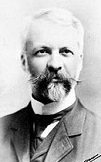
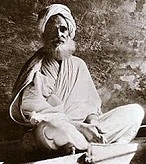





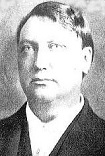

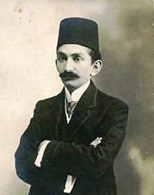
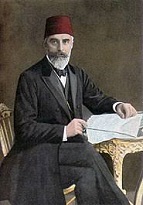
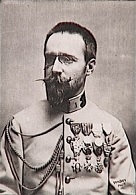





















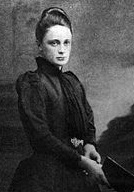


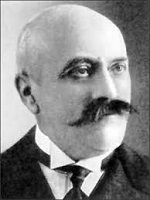









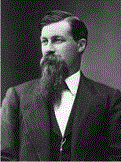





















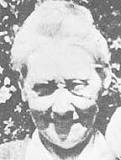


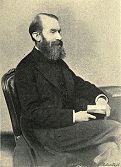

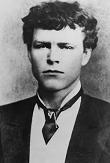



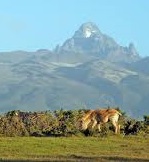


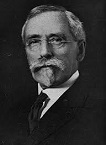
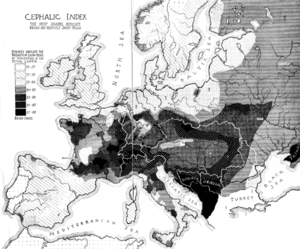


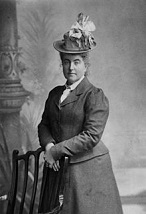
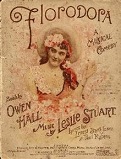
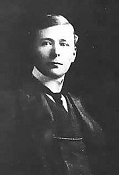
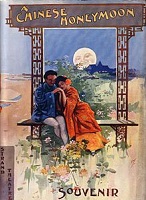
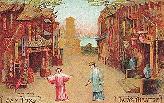


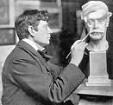








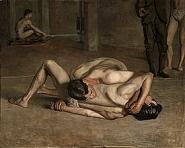

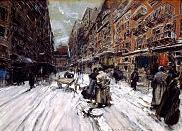
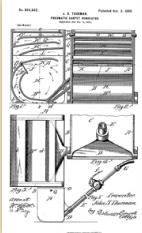

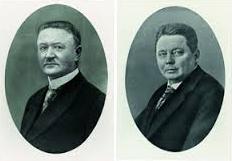

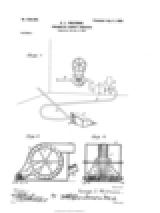

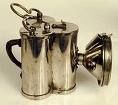

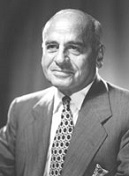


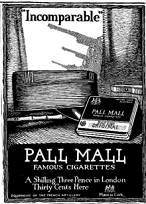

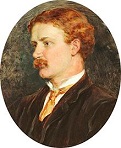
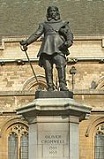
1899 The 6th Cholera Pandemic of the 19th Cent. begins (ends 1923), spreading out of Russia across the Mediterranean to S France, but otherwise not affecting Europe much. New York City still has no sewage system or running water; diarrhea claims 75% of all children under age five; the 3M+ pop. is bunched below 57th St. or along the border of Brooklyn; the 30-story 15 Park Row Bldg. becomes the world's tallest bldg. (until 1908); the Bronx Zoo and Brooklyn Children's Museum in Crown Heights open; the Boulevard becomes Broadway above 59th St.; the city has 43 newspapers, 23 in English; 100K-200K horses live in the city, with a lifespan of 2.5 years, and when they drop dead they must be allowed to decompose before they can be carted away in hunks - the whole city stinks like what? On Jan. 1 Trinidad and Tobago off the coast of Venezuela are united as a British colony. On Jan. 21 the First Philippine Repub. is declared under Pres. Emilio Aguinaldo, with its own Malolos Constitution, drawn up by the ilustrados on the U.S. model, incl. separation of powers and separation of church and state; the U.S. refuses to recognize it, and annexation forces in Congress win by a narrow margin after a fierce debate; on Feb. 4 U.S. sentry William Grayson kills a Filipino soldier, starting the Philippine-Am. War (ends July 2, 1902), in which atrocities are committed by both sides; in Mar. the U.S. sends the 5-man First Philippine (Schurman) Commission, headed by Jacob Gould Schurman (1854-1942), promising self-govt. under U.S. authority; at the same time the Moro Rebellion by separatist Muslims in S Philippines begins (end 1913). On Jan. 22 Pope Leo XIII issues the encyclical Testem Benevolentiae Nostrae, ("Concerning New Opinions, Virtue, Nature and Grace, with Regard to Americanism") to U.S. Cardinal (since 1888) James Gibbons, condemning the "Americanism" of U.S. priest Isaac Thomas Hecker (1819-88), 1858 founder of the Paulist Fathers, who was raised a Methodist; actually, it never mentions him by name, only condemns certain doctrines he might be holding, after which they clear him and he straightens up and flies right, and might end up a saint? In Jan. Sereno Elisha Payne (1843-1914) (R-N.Y.) becomes the first U.S. House majority leader (until 1911). On Feb. 1 typographer Terencio Sierra (1839-1907) becomes pres. of Honduras (until Feb. 1, 1903). On Feb. 6 the U.S. Senate ratifies the peace treaty with Spain. On Feb. 10-14 the Great (St. Valentine's Day) Blizzard (Arctic Outbreak) of 1899 affects the U.S. E of the Rocky Mts., with Swift Current in modern-day Sask. Canada recording a record high 31.42 in. of Hg. on Feb. 11; the Mississippi River freezes, sending ice flows into the Gulf of Mexico; on Feb. 11 the city of Washington, D.C. records its lowest temperature of -15F (-26C) (until ?); Galveston, Tex. suffers a record low, becoming the most severe Arctic blast recorded by the federal govt. (until ?). On Feb. 16 Felix Faure (b. 1841) dies in his office of apoplexy while getting a beejay by 30-y.-o. ho Marguerite Jeanne "Meg" Steinheil (1869-1954), and on Feb. 18 Left Republican Emile (Émile) Loubet (1838-1929) (pres. of the French senate since 1896) becomes pres. #8 of the French Repub. (until Feb. 18, 1906), working to weaken the Monarchist Party vis a vis the Repubs. On Feb. 25 Edwin Sewell and Maj. Richer are thrown from their automobile on Harrow on the Hill in Middlesex, London, becoming the first driver-passenger automobile fatalities. On Feb. 25 Renault S.A. (originally Societe Renault Freres) is founded in France by brothers Louis Renault (1877-1944), Marcel Renault (1872-1903), and Fernand Renault (1865-1909), growing to a top French automobile manufacturer, producing the Renault FT tank in WWI; Marcel Renault dies on May 25, 1903 of injuries in a Paris-Madrid auto race; too bad, Louis Renault is accused of collaborating with the Germans in WWII, and the co. is nationalized. In Feb. English poet Joseph Rudyard Kipling (1865-1936) pub. the poem The White Man's Burden: The United States and the Philippine Islands in McClure's Mag., urging the U.S. to assume colonial control of the Philippines after winning the Spanish-Am. War (1898) and the Philippine-Am. War (1899-1902), but warning the Yanks what they are up against, creating a big reaction, either hero worship or backlash; "Take up the White Man's burden/ Send forth the best ye breed... Your new-caught, sullen peoples,/ Half-devil and half-child" - what a way to start the 20th century? On Mar. 2 Congress establishes 241K-acre Mount Rainier Nat. Park in WC Wash., known for 26 active glaciers - the park where it's always rainier? On Mar. 4 U.S. Rep. (D-Ala.) (1897-1915) Oscar Wilder Underwood (1862-1929) (known for being against the KKK and Prohibition) becomes the first House minority whip (until Mar. 4, 1901). On Mar. 15 U.S. and British warships shell the city of Apia in Western Samoa to intimidate the reigning king, who is allied with the Germans; after failing to pacify the interior all sides agree to cease fighting on May 13, and the monarchy is abolished; on Nov. 7 (Dec. 2) Germany, Britain, and the U.S. sign the 1899 Treaty of Berlin, dividing Samoa between them; the U.S. receives rights extending over all islands of the Samoa group E of long. 171 deg. W. (incl. Tutuila), and gives Germany the other islands (Western Samoa, Savaii, Upolu); the British withdraw in return for rights to Tonga and parts of the Solomons. On Mar. 20 William Allen White (1866-1944) pub. an editorial in the Emporia Gazette in Kan., with the soundbyte: "Riots against the police are occurring in Havana. They will keep occurring. No Latin country governs itself. Self-government is the most difficult thing in the world for a people to accomplish. It is not a matter that a nation acquires by adopting a set of laws. Only Anglo-Saxons can govern themselves. The Cubans will need a despotic government for many years to restrain anarchy until Cuba is filled with Yankees. Uncle Sam, the First, will have to govern Cuba as Alphonso, the Thirteenth, governed it if there is any peace in the island at all. The Cubans are not and, of right, ought not to be free. To say that they are, or that they should be, is folly. Riot will follow riot. Anarchy will rise to be crushed. And unrest will prevail until the Yankee takes possession of the land. Then the Cubans will be an inferior — if not a servile — race. Then there will be peace in the land. Then will Cuba be free. It is the Anglo-Saxon'ss manifest destiny to go forth in the world as a world conqueror. He will take possession of all the islands of the sea. He will exterminate the peoples he cannot subjugate. That is what fate holds for the chosen people. It is so written. Those who would protest, will find their objections overruled. It is to be." On Mar. 21 as a solution to the Fashoda Incident, France and Britain sign the Anglo-Egyptian Sudan Convention, making Sudan an Anglo-Egyptian condominium and establishing the Nile and the Congo Rivers as the boundaries of French and British spheres of influence in N Africa. They only gave them Civil War darkies 40 acres and a mule, and reneged on that? On Apr. 22 (Sat.) the Oklahoma Land Rush begins as people lined up on the Ark. and Tex. borders race in to claim 640 acres (1 sq. mi.) each; "sooners" (people lawfully therefore before now) are prohibited from filing claims, but that doesn't stop them - how much goes to non-whites, don't ask? On Apr. 18 Emilia Pardo Bazan coins the term "Black Legend" to describe the systematic program of historians to frame Spanish history in a pure black light. In Apr. Mohammad bin Abdullah Hassan (AKA Mad Mullah) (1856-1920) begins a war against the British in British Somaliland (modern-day Somalia) (ends 1905), with the motto: "Christian overlordship is tantamount to the destruction of his people's faith", calling his followers dervishes, and after some Brits sell him a gun and the vice-consul finds out and demands it back, that gives him his excuse to begin jihad, rounding up 1.5K dervishes equipped with 20 modern rifles; his favorite horse is named Hiin-Faniin. In Apr. Thomas A. Watson, ex-asst. of Alexander Graham Bell founds the Fore River Shipbuilding Co. S of Boston, Mass., and begins building destroyers for the U.S. Navy; in 1913 Bethlehem Steel purchases it, and goes on to make it the #1 Navy shipbuilding yard. In Apr. after it hires only non-union labor and pays lower than union wages, the Bunker Mill Mining Co. in Wardner, Idaho is struck by the Western Federation of Miners (WFM), causing Dem. Idaho gov. #4 (since Jan. 4, 1897) Frank Steunenberg (1861-1905) to call on Pres. McKinley to send federal troops, pissing-off the union, which supported his election; on Dec. 30, 1905 five years after he leaves office former union member Harry Orchard assassinates him. Millennium Fever causes the Tsar to attempt to head-off Christ? On May 18-July 29 the First Internat. Hague Peace Conference defines the laws of war, prohibiting for five years gas warfare, dum-dum bullets, projectiles dropped from balloons, and mistreatment of POWs, and establishing next year the permanent voluntary Internat. Court of Justice (Hague Tribunal), proposed by Einstein-lookalike Dutch Jewish jurist Tobias Michel Carel Asser (1838-1913), becoming the ancestor of the 1945 U.N. Internat. Court of Justice; the Hague Convention on Chemical Warfare is signed by the Japanese Yamato emperor; disarmament and compulsory arbitration are tabled; former U.S. pres. Benjamin Harrison and his cradle-robber wife Mary Harrison attend. On May 31 the Harriman Expedition (funded by railroad tycoon E.H. Harriman) leaves Seattle for a 2-mo. scientific survey of the Alaskan coast, causing Harriman Fjord in Prince William Sound to be named for him. You work it girl, you got the power? On May 31-June 5 after Johannesburg Uitlanders (British migrant workers) complain to Queen Victoria about the Boers, the Bloemfontein Conference on Transvaal is held; the British decide to annex the Transvaal again, causing Paul Kruger to issue an ultimatum, which leads to the Second Boer War on Oct. 11 (ends May 31, 1902); Frederick Sleigh, hero of Kandahar replaces Sir Redvers Henry Buller as CIC of British military forces in South Africa; Kruger, being too old to take the field goes to Europe to attempt to gain support; French-Canadian nationalist Liberal MP (since 1896) Joseph Napoleon Henri Bourassa (1868-1952) resigns in protest against the sending of Canadian troops, calling PM Wilfrid Laurier a sell-out (vendu) to British imperialism, soon being reelected (untl 1907), going on to lead opposition to mandatory conscription during WWI and become the ideological father of French-Canadian nationalism; the first war to use smokeless powder in firearms. On June 2 the Siege of Baler (begun last July 1) is ended when a Madrid newspaper announcing the signing of the Treaty of Paris is received, and the insurgents let the Spanish soldiers return to Spain, becoming symbolic of the end of Spanish control of the Philippines; 100 years later the Spanish govt. pays homage to them. On June 2 the 11-member Wild Bunch Gang rob a Union Pacific Overland Flyer 1 mi. W of Wilcox, Wyo., using too much dynamite on the safe and ending up with only $3.4K in tattered bank notes, although it is reported as $30K, causing a combined $3K reward to be offered by the railroad and the U.S. govt, resulting in a massive manhunt and shootout during which on June 5 a posse corners them on the Powder River, and Kid Curry and George Curry kill sheriff Josiah "Joe" Hazen and escape, causing the gang to become infamous; on July 11 members of the Ketchum Gang, led by Thomas Everard "Black Jack" Ketchum (1863-1901), his brother Samuel W. "Sam" Ketchum (1854-99), Will Carver (1868-1901) (who uses the alias G.W. Franks) and his half-German half-Indian gang moll Laura "Della Rose" Bullion (1876-1961), and her step-brother Edwin H. "Shoot 'Em Up Dick" Cullen (1872-97) hold up a Colo. and Southern train near Folsom, N.M., and once again blow up the safe to find little cash; on Dec. 9 (eve.) they attempt to hold up a Southern Pacific train near Stevins Pass, N.M., but Cullen is killed and the robbery foiled; this time the posse, led by deputy U.S. marshal Wilson "Memphis" Elliott does better and corners them in Turkey Creek Canyon near Cimarron, N.M., and after a long gunfight a sheriff and a posseman are killed, and Ketchum is shot in the leg, later dying of blood poisoning, while Lay is wounded and captured; on Aug. 16 Black Jack Ketchum tries to rob another train alone in Folsom, N.M., and is wounded and captured, then hanged on Apr. 26, 1901 in Clayton, N.M., his head coming off; Lay is given life for 2nd degree murder, has his sentence is commuted to 10 years, and is released in 1905; Will Carver gets away; eventually all 11 members are killed in gun battles with lawmen. On June 13 the Battle of Zapote River (Bridge) is a V for 1.2K U.S. troops over 4k-5K Philippine troops, becoming the 2nd biggest of the Philippine-Am. War after the Feb. Battle of Manila. In the summer the Tenement House Exhibition in New York City spotlights a terrible social problem. On July 1 three Protestant U.S. traveling salesmen incl. Samuel E. Hill, John H. Nicholson, and William J. Knights found Gideons Internat. at the YMCA in in Janesville, Wisc. to evangelize the Gospel, placing their first free King James Bible in the Superior Hotel in Superior, Mont. in 1908, going on to expand worlwide, expanding to 300K members and placing their billionth Bible in 2001 and their 2nd billionth Bible in Apr. 2015; their logo is a 2-handed pitcher and torch as used in Gideon's V over the Midianites in Judges Ch. 7 - Millennium Fever again? On July 11 the Fiat Motor Co. (Fabbrica Italiana di Automobili Torini) is founded in Turin, Italy by a group of investors incl. Giovanni Agnelli (1866-1945), who becomes dir. in 1900, and chmn. in 1920; in 1903 it manufactures 135 cars, growing to 1,149 in 1906, when it goes public on the Milan exchange and founds its first U.S. dealer in Manhattan, N.Y., growing to 3rd largest Italian industrial co. by the end of WWI; in 1968 it acquires Lancia; in 1969 it buys shares in Ferrari; in 1986 it takes control of Alfa Romeo from the Italian govt.; in 1993 it purchases Maserati; by 2013 it becomes the 7th biggest world automaker, and 2nd largest in Europe; on Jan. 29, 2014 it becomes full owner of Chrysler Group LLC, becoming Fiat Chrysler Automobiles NV. On July 13 the London Govt. Act of 1899 divides the County of London into 28 metropolitan boroughs, replacing 41 parish vestries and district boards of works; the first elections to the new boroughs are held on Nov. 1, 1900. On July 21 after strikes in 1884, 1886, 1887, and 1881, a 10-cent hike in their bundles (from 50 to 60 cents) in 1898 for the Spanish-Am. War that won't come down after the war triggers the 1899 Newsboys' Strike in New York City against the papers of Joseph Pulitzer and William Randolph Hearst, disrupting the Brooklyn Bridge and getting portayed sympathetically in the competing New York Tribune until they blink, ending the strike on Aug. 2. On July 28 an expedition led by English geographer Sir Halford John Mackinder (1861-1947) sets out from Nairobi, reaching the summit of 17,057 ft. (5,199m) Batian Peak on Mount Kenya (2nd highest in Africa) on Sept. 13. On Aug. 20 an agreement between the U.S. and Sulu grants the latter religious (Muslim) liberty in return for an end to the slave trade and loyalty to the U.S., resulting in eventual semi-incorporation into the Philippines. Opening Night for the Global Policeman of the United States? On Sept. 6 U.S. secy. of state (1898-1905) John Milton Hay sends his Open Door Note, a circular letter to all the major Euro powers asking them to subscribe to the U.S. Open Door Policy for China, which guarantees Chinese territorial and admin. integrity while preserving free and equal trade with all parts of China by all nations, particularly the U.S.; in other words, gunboat diplomacy cannot be used to carve China up, only to let trade flow to the U.S.; by next year England, France, Germany, Russia, Italy, and Japan agree to it, acknowledging the U.S. as a world power with an expanding global capitalist frontier. On Sept. 13 real estate salesman Henry Hale Bliss (b. 1830) becomes the first person in the U.S. to be killed in an automobile accident in the U.S. when he is hit by a cab in New York City after leaving a streetcar at W. 74th St. and Central Park West, and dies the next morning; taxi driver Arthur Smith is tried for manslaughter and acquitted; his passenger Dr. David Edson is the son of former New York City mayor Franklin Edson; on Sept. 13, 1999 a plaque is dedicated on the site. On Sept. 29 the Veterans of Foreign Wars (VFW) is founded in Columbus, Ohio by James C. Putnam. On Oct. 19 17-y.-o. Worcester, Mass.-born New England teenie Robert Hutchings Goddard (1882-1945), fresh from reading H.G. Wells' 1895 novel "The War of the Worlds" climbs a cherry tree and gets his big inspiration to "make some device which had even the possibility of ascending to Mars", and devotes his life to making rockets, calling Oct. 19 his "anniversary day" - Millennium Fever works in reverse on a sci-fi fan? On Oct. 20 the Boers start out badly with a defeat at the Battle of Glencoe, but on Oct. 30 Boer Gen. Piet (Petrus Jacobus) Joubert (1834-1900) wins the Battle of Nicholon's Nek and on Nov. 2 sieges Ladysmith in Natal (140 mi. NW of Durban), commanded by British Gen. Sir George Stuart White (1835-1912); on Nov. 28 the Battle of Modder River sees the Brits under Lord Metheun force the Boers under Gen. Piet Arnoldus Cronje (1836-1911) out of Kimberley but only after suffering heavy losses of their own after Cronje positions his infantry at the base of the hills instead of the tops to make use of their rifles' flat trajectories; on Dec. 10 Black Week begins as the Brits are defeated by the Boers under Louis Botha at the Battle of Stormberg, followed on Dec. 11 by the Battle of Magersfontein near Kimberley, followed on Dec. 15 by the Battle of Colenso; the stiff-upper-lip Brits bring in Canadian and Australian volunteers for a counterpunch. On Nov. 2 the French Foureau-Lamy Mission, begun last year under Fernand Foureau (1850-1914) and Amedee-Francois (Amédée-François) Lamy (1858-1900) complete their conquest of the central Sahara by traversing it to the trading post of Zinder between the Niger River and Lake Chad, meeting with the Gentil Mission and the Voulet-Chnoine (Central African-Chad) Mission in Kousseri, Chad next Apr. 21, after which on Apr. 22 Sudanese warlord Rabih az-Zubayr (b. 1842) attacks Lamy and his 700 riflemen, who crush and kill Rabin, although Lamy is KIA, causing French gov. Emile Gentil to name the new capital of the French Territory of Chad on the Chari River near its confluence with the Logone River Fort Lamy, which is renamed N'Djamena in 1973. On Nov. 21 U.S. vice-pres. Garret A. Hobart (b. 1844) dies, and joins the illustrious list of veeps who die in office (George Clinton, Elbridge Gerry, William Rufus King, Henry Wilson, Thomas A. Hendricks). On Nov. 25 the Battle of Umm Diwaykarat in Kordofan, Sudan is another British V by 8K British troops led by Gen. Francis Reginald Wingate over the remaining 10K forces of caliph-wannabe Abdallahi bin Muhammad (b. 1846), who is KIA, ending his movement with the Maxim gun, although true believer Osman Digna ("bearded") (Osman Ali) (1840-1926) leads the remnant until he is captured on Jan. 19, 1900. On Dec. 10 Sobhuza II (1899-1982) is crowned as king of Swaziland (until Aug. 21, 1982), with his grandmother Labotsibeni Mdluli as regent (until Dec. 22, 1921); he ends up reigning for 82 years 9 mo., becoming the longest monarchical reign since antiquity. In Dec. bubonic plague is announced in Honolulu, Hawaii, carried on a shipment of rice carrying rats from the Nippon Maru that arrived in the summer carrying an infected corpse, infecting 11, causing the Board of Health to put Chinatown under quarantine and begin burning infected bldgs., setting 41 fires. Fearing a Turkish takeover, the sheik of Kuwait and Britain sign a bilateral agreement giving Britain the responsibility for Kuwait's defense and foreign affairs; approval for the German-financed Baghdad Railway from Berlin is stalled long enough for the Deutsche Bank and the German-Anatolian Railway Co. to secure preliminary concessions for the final stage, Konia to Baghdad on Nov. 25; opposition by Britain, France, and Russia hampers construction, and it isn't finished until 1940, featuring a ferry in Constantinople taking cars from the Sirkeci Station on the Euro shore of the Bosphorus to the Haydar Pasha Station on the Asian shore; plans are made to extend it through Turkey to Gaza, Aqaba, and Basra, with the Baghdad branch continuing to the Persian oilfields, threatening British and Russian oil interests; the railway board incl. 11 German and 8 French dirs., and British traders are free to use the railway, which doesn't stop the British from freaking out at German trade extending 2K mi. sans their game of gigantic naval power. The city of Nairobi (Maasai "enkare nyrobi" = cool water) on the Nairobi and Athi Rivers in SC Kenya (modern-day pop. 4M/6.5M) is founded by the authorities of British East Africa as a rail depot on the Uganda Railway, replacing Machakos as the capital of Kenya in 1907 and becoming a center for the coffee, tea, and sisal industry. Wake Island in the Pacific is annexed by the U.S. The Germans buy the Marianas (Ladrones) (minus Guam) and the Palau Islands from Spain; Bougainville Island in the Solomon Islands becomes a German possession (until 1914). George Nathaniel, 1st Marquis Curzon of Kedlestone (1859-1925) becomes viceroy of India (until 1905) - blue ribbon cool British name award? Kaiser Wilhelm II visits England. George Dewey is made the first U.S. "admiral of the Navy", and the ranks of Adm. and vice-adm. are abolished; on his 1917 death his rank is also abolished, but not before Adm. and vice-adm. are reestablished in 1915. A French "cour de cassation" annuls Alfred Dreyfus' conviction and orders a retrial; meanwhile, he is pardoned by pres. decree. A petition signed by 20K Uitlanders in South Africa airing their grievances is sent to Queen Victoria. In 1899 Ottoman Prince Sabahaddin (1879-1948), a relative of sultan Abdul Hamid II joins the Young Turks, founbding the liberal reform Private Enterprise and Decentralization Assoc., which advocates decentralization of the Ottoman Empire and the liberal ideas of Emile Durkheim, pissing-off the sultan and causing him to flee with his father and brother to Britain, followed in 1900 by Geneva, Switzerland, followed in 1900 by Paris, ending up in Neuchatel, Switzerland for life; meanwhile his rival, Young Turk leader (in Europe) Ahmet Riza Bey (1859-1930), leader of the liberal reform Committee for Union and Progress (CUP) (1889-1918) backs centralization and the ideas of French sociologist Auguste Comte, starting a war with Sabahaddin until the Young Turk Rev. in July 1908. Liberal Walter Runciman, 1st Viscount Runciman of Doxford (1870-1949) defeats Conservative Winston Churchill for a House seat from Oldham, telling him "Don't worry, I don't think this is the last the country has heard of either of us"; next year Churchill defeats him. The Constitution Acts Amended Act gives women the vote in Western Australia. The Hokkaido Aborigine Protection Act is passed by Japan allegedly to salvage what's left of the aboriginal Ainu, but ends up institutionalizing discrimination. The U.S. Rivers and Harbors Appropriation Act prohibits the construction of any structure over any navigable waterway in the U.S., or to mess with or discharge refuse into one without Congressional approval. London borough councils are established. The city of Florencio Villareal in SW Mexico is founded, named after Col. Florencio Villarreal. Duke Luigi of the Abruzzi leads an expedition toward the North Pole (ends 1900). Sven Anders Hedin finds the sources of the Bramaputra and Indus Rivers. The Canadian Northern Railway of William Mackenzie and Donald Mann opens, operating 1.3K mi. of track between Lake Superior and Saskatchewan by 1902, and reaching Edmonton in 1905. Boom shakalakalaka? Mo. Dem. Rep. (since 1896) Willard Duncan Vandiver (1854-1932) (a Mark Twain lookalike?) gives his state a slogan when he utters the soundbyte: "I come from a state that raises corn and cotton, cockleburs and Democrats, and frothy eloquence neither convinces nor satisfies me. I'm from Missouri, and you have got to show me." Christopher North gives a speech which contains the soundbyte: "His Majesty's Dominions, on which the Sun never sets". The term "geopolitics" is coined by Swedish political scientist Johan Rudolf Kjellen (1864-1922) to indicate that political borders, rivers, etc. play a big role. Ruskin College at Oxford U. is founded, named after British radical art critic John Ruskin (1819-1900), becoming the first residential college in the U.K. for working men. The Brooklyn Children's Museum in Brooklyn, N.Y. is founded, becoming the world's first children's museum. Elizabeth, N.J.-born Edward L. Stratemeyer (1862-1930) launches The Rover Boys children's series under the alias Arthur M. Winfield (ends 1926), about Tom, Sam, and Dick Rover; in 1904 he launches The Bobbsey Twins series under the alias Laura Lee Hope, reaching 72 books in 1979, plus another 30 in 1987-92, about the upper middle-class Bobbsey family incl. 12-y.-o. fraternal twins Bert and Nan and 6-y.-o. fraternal twins Flossie and Freddie; in 1906 he founds the Stratemeyer Syndicate, which pioneers mass production of fiction with freelance writers and support staff; in 1910 he launches the Tom Swift, a sci-fi adventure series under the alias Victor Appleton, about inventor Tom Swift; in 1912 he launches the Baseball Joe series under the alias Lester Chadwick (really Howard R. Garis), about baseball player Joe Matson, who rises from h.s. to Yale U. to the pros; in 1927 he launches The Hardy Boys series under the alias Franklin W. Dixon, about amateur detectives Frank and Joe Hardy; in 1930 he launches the Nancy Drew series under the alias Carolyn Keene, about a 16-y.-o. amateur detective; in 1934 he launches The Dana Girls series under the alias Carolyn Keene about teenie sisters Jean and Louise Dana, who play amateur detective at a boarding school; he goes on to publish the series Jack Ranger, Don Sturdy, The Colonial Series, Happy Hollisters, Honey Bunch, Curly Tops, Bunny Brown, Motor Boys, Bomba the Jungle Boy et al.; his daughter Harriet Stratemeyer Adams (1892-1982) carries on after his death with Nancy Drew under the alias Carolyn Keene. Stanford grad. mining engineer Herbert Hoover (b. 1874) marries Stanford grad. geologist Lou Henry (1874-1944) on Feb. 10, and they immediately leave for China, followed by Ceylon, Burma, Siberia, Australia, Egypt, Japan, and Europe; they have 2 sons and no daughters. Przewalski's Horses from Mongolia are brought to the Askaniya-Nova Biosphere Reserve in S Ukraine; they become extinct in the wild in the 1960s, and in 1992-3 21 horses are shipped back. Avraham (Albert) Entebbe leads five noted Jewish artists in a renovation of the Muslim Dome of the Rock in Jerusalem; an iron panel commemorating the work is later destroyed by Jew-hating Muslims. San Francisco, Calif.-born dancer Isadora Duncan (1877-1927) begins performing in Europe, bringing back the dances of ancient Greece, becoming known for dancing barefoot in a loose flowing tunic. Hungarian-born Jewish-Am. performer Harry Houdini (1874-1926) switches from traditional magic to escape acts and reinvents himself - if you'd like to return to Europe, I think I can make things interesting for you? Buick Motor Co. (originally Buick Auto-Vim and Power Co.) is founded by Scottish-born bathtub maker David Dunbar Buick (1854-1929) (inventor of the overhead valve engine) in Detroit, Mich., incorporating on May 19, 1903; in 1903 Buick sells out to James H. Whiting (1842-1919) of Flint Wagon Works, who moves it to his hometown of Flint, Mich, and hires William Crapo "Billy" Durant (1861-19470 in 1904 to manage it, producing the Buick Model B in 1904, with a amidships-mounted flat-twin engine that presents torque to the chassis longitudinally to prevent lateral motion along with a living room coach ("moving couch of America"), after which Buick becomes the biggest car maker in the U.S.; Louis Chevrolet becomes a test driver; in 1911 Buick introduces the first closed-body car, four years ahead of Ford; in 1931 Buick debuts the OHV Buick Straight-8 (Fireball 8) Engine and the Synchromesh Transmission, which become a hit with Edward VIII and George VI of England. The Locomobile Co. of Am. (locomobile = locomotive + automobile) is founded by Cosmopolitan mag. ed.-publisher John Brisben Walker (1847-1931), who buys the plans for a steam-powered vehicle from twins Francis Edgar Stanley (1849-1918) and Freelan Oscar "Freel" Stanley (1849-1940) for $25K, then sells a half share to asphalt tycoon Amzi Lorenzo Barber (1843-1909), then quits two weeks later and goes on to found Mobile Co. of Am.; the co. begins producing small $600 Stanley Steamer motor cars, with Pres. McKinley taking a ride in a Stanley Locomobile, helping boost popularity; in 1900 sales peak at 1.6K, after which they go into internal combustion engines in 1902 after poor performance causes Rudyard Kipling to describe them as a "nickel-plated fraud", selling the rights back to the Stanley twins for $20K in 1903; too bad, the 1904 2.2K lb. 16 hp straight-4 internal combustion Locomobile Touring Car sells for $4.5K, limiting their market; in 1929 Locomobile is acquired by Durant Motors (founded 1921), which goes bankrupt in 1931. Irish writers William Butler Yeats, Lady Augusta Gregory, Edward Martyn, and George Moore found the Irish Literary Theatre, which in 1903 becomes the Irish Nat. Theatre Society. Lucy Payne Gaston founds the Chicago Anti-Cigarette League, which grows by 1919 into the Anti-Cigarette League of the World, gaining 300K members within two years - lose the habit or the gas will give you a ton of pain? The remains of Christopher Columbus (d. 1506) are moved from Havana, Cuba to Seville Cathedral in Spain; in 2003-6 DNA tests verify kinship with his brother Diego. Constantinople-born Amherst College-educated Gilbert Hovey Grosvenor (1875-1966) (cousin of Pres. William Howard Taft and son-in-law of Alexander Graham Bell) becomes the first full-time ed. of Nat. Geographic Mag. (until 1954), building it into a top world science and learning org., and becoming "the Father of Photojournalism". The British journal Society pub. an article about the fashion among women of wearing gold nipple rings to turn on men. Flamboyant Okla. atty. Temple Lea Houston (1860-1905) (son of Sam Houston) delivers his famous Soiled Dove Plea in defense of "the Fallen Woman" ho Minnie Stacey, getting her acquitted by bringing up Jesus Christ's speech about casting the first stone, after which she moves to Tex. and gives up hooking to become a devout Methodist washerwoman, later sending flowers to his funeral. The U.S. Mint issues a William and Clark $10 Bill, featuring Meriwether Lewis and William Clark, along with a picture of the bison Black Diamond (later used on the reverse of the 1913 Indian Head Nickel); a $5 bill engraved by George F.C. Smillie features a portrait of Indian chief Tatokainyanka (Ta-to-ka-in-yan-ka). Herman Heijermans (1864-1924) becomes ed. of the Dutch Socialist journal De Nieuwe Tijd. Wealthy Austrian Jewish satirist Karl Kraus (1874-1936) renounces Judaism on April Fool's Day, and founds Die Fackel in Vienna (until 1936), writing articles attacking the corrupt Hapsburg Empire, the pan-German movement, and anything else he doesn't like, later converting to Roman Catholicism - you had to be there? Austrian actor Josef Kainz (1858-1910) begins starring in the Burgtheater in Vienna, turning them on with his Hamlet, Mephisto, and Torquato Tasso. Sarah Bernhardt beats the MF deadline by playing the role of Shakespeare's Hamlet. Wilkes-Barre, Penn.-born Sebastian Spering Kresge (1867-1966) founds the first S.S. Kresge five-and-dime store in Detroit, Mich., going on to build up to 85 stores in 1912, opening the first K-Mart (Kmart) in 1962. The Miele co. is founded in Herzebrock, Germany by Carl Miele Sr. (1869-1938) and Reinhard Zinkann (1869-1939) to manufacture cream separators, butter churns, and washing machines, with a logo consisting of the name with a slashing i, and the slogan "Er is geen betere" (There is no better), going on to expand to automobiles in 1912, washing machines in 1914, bicycles and motorcycles in 1924, vacuum cleaners in 1927, dishwashers in 1929, and dryers in 1958; in 2007 it beats Google as the most successful co. in Germany, with Porsche coming in 3rd. Sicilian immigrants Joseph, Luca, and Felix Vaccaro, along with Salvador D'Antoni begin importing bananas to New Orleans, La. from La Ceiba, Honduras, buying up the ice factories in New Orleans by 1915, causing Joseph Vaccaro to become known as "the Ice King"; in 1924 it becomes the Standard Fruit Co., becoming the main rival of the United Fruit Co., which is founded this year by a merger of the Boston Fruit Co. et al., and becomes known for corrupting the govts. of Central Am. and South Am. into "banana republics". The Am. Candy Co. is founded in Selma, Ala., going on to make Nik-L-Nips (soda bottle-shaped wax tubes filled with fruit-flavored liquid), Fun Gum Sugar Lips (wax lips), Magic Sticks (wax sticks filled with fruit-flavored liquid) et al.; in 1989 they are acquired by the Pinkerton Group, which is acquired in 2002 by Concord Confections (makers of Dubble Bubble), which becomes part of Tootsie Roll Industries. Pall Mall (pr. like pell-mell in England, pall-mall in the U.S.) brand premium cigarettes are introduced by the Black Butler Co. of Britain, going on to introduce 85mm king-size cigarettes in 1939, with the slogans "Travels the smoke further" and "OUTSTANDING... and they are MILD!", becoming the best-selling brand in the U.S. in 1960; in 1966 they introduce 100mm longs, which doesn't stop Winston brand cigarettes from passing them up as #1 in the U.S.; in 1994 they are acquired by Brown & Williamson, which merges with R.J. Reynolds on July 30, 2004; the logo features large art nouveau letters, a white coat of arms with a regal lion on each side and a knight's helmet on top, with the mottos "Per aspera ad Astra" (Through hardships to the stars) and "In hoc signo vinces" (By this sign you shall conquer), along with the slogan "Wherever Particular People Congregate"; in 2009 all varieties use color designators, incl. Red, Blue (Lights), Orange (Ultra Lights), Black (Menthol), White (Menthol), and Gold; "A classy way to commit suicide." (Kurt Vonnegut) Sports: On Jan. 7-Mar. 4 the 1899 Canadian Amateur Hockey League (CAHL) Season sees the Montreal Shamrocks win with a 7-1 record; on Feb. 18-19 the Montreal Victorias defeat the Winnipeg Victorias 5-3 to win the Stanley Cup after Winnipeg is disqualified for refusing to return to the ice to protest referee Bill Findlay for giving Montreal player Bob MacDougall only a 2-min. minor for slashing the eye of Winnipeg player Tony Gingras; 4K fans attended the Winnipeg Auditorium to hear the game announced via telegraph. On June 9 24-y.-o. 6'2-1/2" 206-lb. James Jackson "Jim" Jeffries (1875-1953) KOs 37-y.-o. old man Bob Fitzsimmons (Robert Prometheus) (1863-1917) in round 11 in Coney Island, N.Y. to become world heavyweight boxing champ #3 (until 1905). On July 28 an expedition led by English geographer Sir Halford John Mackinder (1861-1947) sets out from Nairobi, reaching the summit of 17,057 ft. (5,199m) Batian Peak on Mount Kenya (2nd highest in Africa) on Sept. 13. Wealthy Am. mountaineer and suffragist Fanny Bullock Workman (1859-1925) (one of the first prof. female mountaineers) begins ascents in the Himalayas, summitting 23,409 ft. (7,135m) Nun Kun Massif in 1906, and claiming an ascent of 22,736 ft. (6,930m) Pinnacle Peak. Guglielmo Marconi wows the world by broadcasting the America's Cup race on wireless. The French Horseracing Hall of Fame is founded; it burns down in 1914, and is rebuilt in 1919. Architecture: The Gage Bldg. in Chicago, Ill., designed by Louis Henri Sullivan is completed, and he begins the Schlesinger and Mayer Dept. Store Bldg. (finished 1904). The Salt Palace in Salt Lake City between State and Main Sts. is built; after being destroyed by fire on Aug. 29, 1910, it is replaced by Majestic Hall; a new Salt Palace is built in 1969. Inventions: On Jan. 10 Russian New York City immigrant (1891) Conrad Hubert (Akiba Horowitz) (1856-1928) of the Am. Electrical Novelty and Manufacturing co. patents a clover-leaf bicycle flashlight (#617, 592), changing the name in 1905 to Am. Ever Ready Co.; in 1914 it merges with the Nat. Carbon Co., shortening the trademark to Eveready; in 1917 it merges wth Union Carbide to form the Union Carbide and Carbon Co., using the trademark "DAYLO" for flashlights and batteries until 1921; in 1958 it introduces the Eveready Alkaline Battery, which on Mar. 1, 1980 is renamed the Energizer, with the Energizer Bunny ad campaign helping it reach a 52% market share by 1986, when the battery products div. is acquired by Ralston Purina Co., becoming the Eveready Battery Co. Inc., which is spun-off in 2000 as Energizer Holdings Inc.; meanwhile Hubert's partner Joshua Lionel Cowen (1877-1965) (who invented the flashlight for illuminating a flower pot and sold it to him) patents a device for igniting a photographer's flash, patents a device for igniting a photographer's flash, and in 1900 founds Lionel Corp. to market toy trains (until 1993). Bayer Co. of Germany patents and trademarks Aspirin, from the "a" in acetyl, and the "spir" in Spiraea ulmaria, the willowleaf meadowsweet, later calling it the Wonder Drug; it is sold in powder form, the first tablets being sold in 1915; as part of the 1919 Versailles Treaty Bayer gives up its patents on aspirin and heroin - WWI was one giant headache? Danish engineer Valdemar Poulsen (1869-1942) invents the first magnetic tape recorder, the steel-wire drum Telegraphone (U.S. patent #661,619). On Oct. 3 John Thurman of St. Louis, Mo. receives U.S. Patent #634,042 for the "pneumatic carpet renovator", a horse-drawn gasoline-powered vacuum cleaner, going door-to-door for $4 a visit; it uses compressed air instead of suction, becoming the first motorized vacuum cleaner; there are only 2.5K gasoline-powered automobiles in the U.S. On July 11 George L. Westman receives U.S. Patent #628,505 for a "pneumatic carpet-sweeper", consisting of a hand-cranked exhaust fan, a hose, and a handle. Smith & Wesson begin marketing the .38 cal. double-action Smith & Wesson Model 10 6-gun revolver. The Wright brothers develop a kite that helps them design an airplane. The Lancaster Instantograph camera is patented. The first Hearing Aid (a table model) is marketed. The Sousaphone, a coiled brass helicon (tuba) is first manufactured by C.G. Conn Ltd. of Elkhart, Ind. for John Philip Sousa's band; the flaring bell directs the sound forward, compared to tubas which have bells pointing up, forward or to the side. The first coin telephones appear in the U.S. The first magnetic sound recordings are made. The first motorized double-decker bus is introduced by the Motor Omnibus Co. of London, powered by steam. Science: Norwegian scientist Kristian Olaf Bernhard Birkeland (1867-1917) leads the Norwegian Polar Expedition (ends 1900), which makes the first measurements of ground magnetic fields. French chemist Andre Louis Debierne (1874-1949) discovers the radioactive element Actinium (#89) (Ac) in pitchblende, in which it occurs in the proportion of 1 part per 5B; it is discovered independently in 1902 by Friedrich Oskar Giesel (1852-1927) in Germany, which he calls emanium. Berlin-born German philosopher-psychologist Max Dessoir (1867-1947) coins the term Parapsychology for Psychical Research and Psi Phenomena. Am. electrical engineer Robert Bowie Owens (1870-1940) and English physicist Ernest Rutherford (1871-1937) discover radioactive gaseous element radon (Rn) (#86) and alpha rays. Austrian mathematician Georg Alexander Pick (1859-1942) pub. the cool Pick's Theorem, giving the area of a simple lattice polygon as the number of interior points plus half the number of boundary points minus 1 for burgers. Am. astronomer William Henry Pickering (1858-1938) discovers Saturn's 9th moon Phoebe; in 1905 claims to discover its 10th moon Themis, which later turns out not to exist. Ernest Rutherford discovers alpha and beta rays emitted by radioactive atoms. Archeological excavation of the ruins of ancient Babylon begins on a hill called Babil. Nonfiction: ?, Map of Original Indian Nations. Thomas Kelly Cheyne (1841-1915) and John Sutherland Black (1846-1923) (eds.), Encyclopedia Biblica: A Critical Dictionary of the Literary, Political and Religion History, the Archeology, Geography and Natural History of the Bible (1899-1903) (20M words); embodies the advanced conclusions of English Biblical criticism, becoming a std. work. Hermann Bahr (1863-1934), Wiener Theater. Alexander Bain (1818-1903), The Realization of the Possible. Max Beerbohm (1872-1956), More. Margaret Benson (1865-1916), The Temple of Mut in Asher: An account of the excavation of the temple and of the religious representations and objects found therein, as illustrating the history of Egypt and the main religious ideas of the Egyptians; based on her Egyptian sex, er, excavations in 1895-7 after becoming the first woman to receive a concession to excavate in Egypt. Johann von (Jean de) Bloch, The Future of War; "From 1496 B.C. up to 1861 A.D., a period of 3357 years, there were only 227 years of peace on a total of 3,130 years of war, or thirteen years of war to every year of peace." Wilfrid Scawen Blunt (1840-1922), Satan Absolved: A Mystery. Charles Booth (1840-1916), Life and Labour of the People. Bernard Bosanquet (1848-1923), Philosophical Theory of the State; the state is the real individual, and real persons are unreal in comparison? Oscar Browning (1837-1923), Charles XII of Sweden. Samuel Butler (1835-1902), Shakespeare's Sonnets Reconsidered; claims they are really about a homosexual affair. Houston Stewart Chamberlain (1855-1927), The Foundations of the Nineteenth Century (Die Grundlagen des Neunzehnten Jahrhunderts); written by an Englishman who lives in Germany, it becomes a big hit with the pan-Germanic "Aryan" movement, claiming that the "noble" white Aryan race (Germans, Celts, Slavs, Greeks, Latins) (all descended from the Proto-Indo-Europeans) have always ruled Euro civilization; of course the Nordic or Teutonic peoples are at the top of the Aryan heap; "Physically and mentally the Aryans are pre-eminent among all peoples; for that reason they are by right... the lords of the world. Do we not see the homo syriacus develop just as well and as happily in the position of slave as of master? Do the Chinese not show us another example of the same nature?"; the Germanic takedown of the Roman Empire was good since the latter were already infected with pesky hooked-nose "homo judaeica" (Jews), who were "infusing Near Eastern poison into the European body politic"; "All historically great races and nations have been produced by mixing, but wherever the difference of type is too great to be bridged over, then we have mongrels"; sounds good, until he claims that since Jesus is God, he must have really not been Jewish, but Aryan; after selling 100K copies by the start of WWII, Kaiser Wilhelm II awards him a medal in 1916 and gives him German citizenship, after which Hitler laps it up and guess what happens?; funny that Hitler's British appeaser was named you know what? - should be Foundations of the Twentieth Century Horror Shows? Thomas Chrowder Chamberlin (1843-1928), An Attempt to Frame a Working Hypothesis of the Cause of Glacial Periods on an Atmospheric Basis (Nov. 1); promotes the theory that atmospheric CO2 concentration can drive changes in the climate for the purposes of climate engineering (geoengineering); "When the temperature is rising after a glacial episode, dissociation is promoted, and the ocean gives forth its carbon dioxide at an increased rate, and thereby assists in accelerating the amelioration of climate."; "A study of the life of the geological periods seems to indicate that there were very notable fluctuations in the total mass of living matter. To be sure there was a reciprocal relation between the life of the land and that of the sea, so that when the latter was extended upon the continental platforms and greatly augmented, the former was contracted, but notwithstanding this it seems clear that the sum of life activity fluctuated notably during the ages. It is believed that on the whole it was greatest at the periods of sea extension and mild climates, and least at the times of disruption and climatic intensification. This factor then acted antithetically to the carbonic acid freeing previously noted, and, so far as it went, tended to offset its effects. It now becomes necessary to assign agencies capable of removing carbon dioxide from the atmosphere at a rate sufficiently above the normal rate of supply, at certain times, to produce glaciation; and on the other hand, capable of restoring it to the atmosphere at certain other times in sufficient amounts to produce mild climates." Sir Winston Churchill (1874-1965), The River War: An Historical Account of the Reconquest of the Soudan (2 vols.); "How dreadful are the curses which Mohammedanism lays on its votaries! Besides the fanatical frenzy, which is as dangerous in a man as hydrophobia in a dog, there is this fearful fatalistic apathy. The effects are apparent in many countries. Improvident habits, slovenly systems of agriculture, sluggish methods of commerce, and insecurity of property exist wherever the followers of the Prophet rule or live. A degraded sensualism deprives this life of its grace and refinement; the next of its dignity and sanctity. The fact that in Mohammedan law every woman must belong to some man as his absolute property, either as a child, a wife, or a concubine, must delay the final extinction of slavery until the faith of Islam has ceased to be a great power among men. Individual Moslems may show splendid qualities - but the influence of the religion paralyses the social development of those who follow it. No stronger retrograde force exists in the world. Far from being moribund, Mohammedanism is a militant and proselytizing faith. It has already spread throughout Central Africa, raising fearless warriors at every step; and were it not that Christianity is sheltered in the strong arms of science, the science against which it had vainly struggled, the civilization of modern Europe might fall, as fell the civilization of ancient Rome." Sidney Colvin (1845-1927), Letters of R.L. Stevenson. Katharine Coman, History of England. Moncure D. Conway (1832-1907), Solomon and Solomonic Literature. Henry Morton Dexter (1846-1910), The Story of the Pilgrims. England and Holland of the Pilgrims. John Dewey (1859-1952), School and Society. Henry Austin Dobson (1840-1921), The Paladin of Philanthropy. William Edward Dodd (1869-1940), Thomas Jefferson's Return to Politics (first book); his dissertation; about the origins of the Dem. Party. Ignatius Loyola Donnelly (1831-1901), The Cipher in the Plays, and on the Tombstone. W.E.B. Du Bois (1868-1963), The Philadelphia Negro. Havelock Ellis (1859-1939), The Evolution of Modesty, Sexual Periodicity, Auto-Eroticism; vol. 1 of 6 in "Studies in the Psychology of Sex". William Warde Fowler (1847-1921), The Roman Festivals of the Period of the Republic: An Introduction to the Study of the Religion of the Romans. Sigmund Freud (1856-1939), The Interpretation of Dreams (Die Traumdeutung) (Nov. 4); claims that he's discovered hidden layers of primitive sexual and aggressive forces that must be controlled to prevent societies from collapsing into chaos and destruction, founding Psychoanalysis, which focuses on the all-powerful Oedipus (Oedipal) Complex, which he claims Shakespeare's Hamlet suffers from; he gets a whopping $200 for it - not enough porno in it to pay more? Eduard Fueter Sr. (1876-1928), Eduard Fueter Sr. (1876-1928) pub. his dissertation The Proportion of Confederation in the Election of Charles V (Der Anteil der Eidgenossenschaft an der Wahl Karls V) (Basel) (first work). Remy de Gourmont (1858-1915), L'Esthetique de la Langue Francaise. H. Rider Haggard (1856-1925), The Last Boer War. Lafcadio Hearn (1850-1904), In Ghostly Japan. David Hilbert (1862-1943), Grundlagen der Geometrie (The Foundations of Geometry); promotes the axiomatic approach in mathematics with Hilbert's Axioms, which replace Euclid's Axioms; 19-y.-o. Robert Lee Moore (1882-1974) of Tex. independently discovers them? Elbert Hubbard (1856-1915), A Message to Garcia; to Cuban leader Calixto Garcia Iniguez (1836-98). Douglas Hyde (1860-1949), A Literary History of Ireland. William Ralph Inge (1860-1954), Christian Mysticism. Frederick George Jackson (1860-1938), A Thousand Days in the Arctic. George Kennan (1845-1924), Campaigning in Cuba. Mary Kingsley (1862-1900), West African Studies. Prince Peter Kropotkin (1842-1921), Fields, Factories and Workshops. Rodolfo Lanciani (1845-1929), The Destruction of Ancient Rome: A Sketch of the History of the Monuments. Count Georges Vacher de Lapouge (1854-1936), The Aryan: His Social Role ( L'Aryen: son Rôle Social); reduces racism to dolichocephalic (Aryan) races vs. brachycephalic races, with the sliding scale: Homo europaeus (fair-haired Nordic), Homo alpinus (Auvergnat or Turkic peoples), and Homo mediterraneus (Neapoletan or Andaluz peoples), calling the Jews the only competitors of the Aryans, becoming a hit with the Nazis. W.E.H. Lecky (1838-1903), The Map of Life: Conduct and Character; after you ditch the Bible, then what? Charles Godfrey Leland (1824-1903), Aradia, or The Gospel of the Witches; becomes a hit with Wiccans and neopagans. Vladimir I. Lenin (1870-1924), The Development of Capitalism in Russia. Shailer Mathews (1863-1941), A History of New Testament Times in Palestine. Andrew Cunningham McLaughlin (1861-1947), A History of the American Nation; popular textbook; 8th ed. 1919. Margaret Oliphant (1828-97), Autobiography and Letters (posth.). Henri Pirenne (1862-1935), History of Belgium (Histoire de Belgique) (7 vols.) (1899-1932), which attempts to prove that Belgium isn't a fake country made up ex-post facto in 1830, but is based on a natural unity of Flemings and Walloons that can be traced back to Roman times, making him a nat. hero, even though the theory turns out to be moose hockey. Walter Herries Pollock (1850-1926), Jane Austen, Her Contemporaries and Herself. William Zebina Ripley (1867-1941), The Races of Man: A Sociological Study; uses anthropometric cephalic index data c orrelated with geographic data to divide Europeans into three races, incl. Teutonic (dolichocephalic, tall, blonde, light hair, eyes, and skin), Mediterranean (dolichocephalic, short, dark hair, eyes, and skin), and Alpine (brachycephalic, stocky, intermediate hair, eyes, and skin), becoming a hit with anthropologists; too bad, he considers the Spanish an African racial type, with the soundbyte: "Africa begins beyond the Pyrenees". Theodore Roosevelt (1858-1919), The Rough Riders. Solomon Schechter (1847-1915), The Wisdom of Ben Sira. Olive Schreiner (1855-1920), An English South African's View of the Situation. John Gilmary Shea (1824-92), Cardinal James Gibbons (1834-1921) et al., The Cross and the Flag, Our Church and Country: Heroic Deeds. Paul Signac (1863-1935), From Eugene Delacrox to Neo-Impressionism. Arthur Symons (1865-1945), The Symbolist Movement in Literature; influences W.B. Yeats and T.S. Eliot. Benjamin Franklin Trueblood (1847-1916), The Federation of the World; calls for a OWG. Thorstein Veblen (1857-1929), The Theory of the Leisure Class; first detailed critique of consumerism, attacking the influence of laissez-faire economics and big business on society; coins the terms "conspicuous consumption" and "conspicuous leisure"; views economics as a class struggle, with the leisure class ever at the top, lording it over the underclasses by wasteful spending and wasteful activities incl. the study of philosophy and art. M.W. Walbert, The Coming Battle: A Complete History of the National Banking Money Power in the United States. Adolphus William Ward (1837-1924), Great Britain and Hanover: Some Aspects of the Personal Union. James Ward (1843-1925), Naturalism and Agnosticism. Movies: ?, Panorama from the Tower of the Brooklyn Bridge. William Kennedy Laurie Dickson (1860-1935) and Walter Pfeffer Dando, King John; first film adaptation of a Shakespeare play; produced by the British Mutoscope and Biograph Co.; view it. Thomas Edison (1847-1931), Cripple Creek Barroom Scene (May 10). Georges Melies (1861-1938), Cinderella (Cendrillon); based on the fairy tale by Charles Perrault. Music: Isaac Albeniz (1860-1909), Catalonia. Eugen d'Albert (1864-1932), Cello Concerto in C major, Op. 20. Amy Marcy Beach, Piano Concerto in C Sharp Minor. Anton Bruckner (1824-96), Symphony No. 6 in A major (posth.); incl. Solti (1st Movement). Charles W. Chesnutt (1858-1932), The Conjure Woman, and Other Conjure Tales. Samuel Coleridge-Taylor (1875-1912), Hiawatha's Wedding Feast (cantata); biggest hit since Handel's "Messiah"? Claude Debussy (1862-1918), Three Nocturnes. Frederick Delius (1862-1934), Paris. Sir Edward Elgar (1857-1934), The Enigma Variations, Op. 36 (Variations on an Original Theme for Orchestra); each piece has a "friend pictured within". Jacques Halevy (1799-1861), Herminie (cantata); wins the Prix de Rome. Scott Joplin (1868-1917), The Maple Leaf Rag (Sept. 18); makes him an instant star, becoming known as "the King of Ragtime". Paul Lincke (1866-1946), Frau Luna (operetta) (Berlin); a trip to the Moon in a hot air balloon by some Berliners, who meet Frau Luna and her court; the birth of Berlin opera; incl. the march Berliner Luft, which becomes Berlin's unofficial anthem; Im Reiche des Indra (In the Kingdom of Indra) (operetta) (Berlin). Max von Schillings (1868-1943), Der Pfeifertag. Jean Sibelius (1865-1957), Finlandia (opera). Richard Strauss (1864-1949), Ein Heldenleben (Frankfurt). Art: Francis Barraud (1856-1924), His Master's Voice; stray fox-bull terrier mix Nipper (1884-95), owned by his brother Mark Barraud (-1887) then adopted by him; orginally uses a black cylinder phonograph horn, which is deemed too dark, and Barry Owen of the U.S. Gramophone Co. suggests his co.'s Gramophone with shiny horn, then buys the revised painting for £100. William-Adolphe Bouguereau (1825-1905), Malice. Emile Claus (1849-1924), Cows Crossing the Lys; primo example of Luminism. John Collier (1850-1934), The Land Baby - he ought to know how evolution happened, he married two Huxley girls? Cyrus Edwin Dallin (1861-1944), The Medicine Man (sculpture). Thomas Eakins (1844-1916), Wrestlers. Sir George Frampton (1860-1928), Lamia (statue); the sorceress in John Keats' 1819 poem. Charles Dana Gibson (1867-1944), Sketches in Egypt (drawings); The Education of Mr. Pipp (drawings). Winslow Homer (1836-1910), The Gulf Stream; a black sailor in a damaged boat surrounded by sharks with a hurricane approaching; After the Hurricane, Bahamas; the sailor lies on a beach in sorry shape. William Henry Jackson (1843-1942), Severo and Family (Capote Ute Band) (photo); Jacarilla Apache James A. Garfield Velarde (photo). Gustav Klimt (1862-1918), Nude Veritas. Claude Monet (1840-1926), Water Lillies (Lily Pond) (series) (1899-1926). Chauncey Olcott (1858-1932), My Wild Irish Rose; composed for his play "A Romance of Athlone". Maurice Prendergast (1858-1924), Splash of Sunshine and Rain. Giovanni Segantini (1858-99), Alpentriptychon (Life, Nature and Death) (triptych); working on it when he dies. Everett Shinn (1876-1953), Cross Streets of New York. Hamo Thornycroft (1850-1925), Oliver Cromwell (statue) (Westminster Palace). Edouard Vuillard (1868-1940), Sitting Room with Three Lamps. Plays: Hermann Bahr (1863-1934), Der Star. Andre Gide (1869-1951), Le Promethee Mal Enchaine. William Gillette (1853-1937), Sherlock Holmes; Gillette acts in the title role and becomes a U.S. stage star. Owen Hall (1853-1907), Leslie Stuart, Paul Rubens and Edward Boyd-Jones, Floradora (musical) (Nov. 11) (Lyric Theatre, London) (455 perf.); moves to New York's Casino Theatre in 1900 for 552 perf. (first London production to hit it big on Broadway); features a sextet of "Floradora girls", each standing 5'4" and weighing 130 lbs.; incl. the hit song Tell Me Pretty Maiden. Gerhart Hauptmann (1862-1946), Drayman Henschel. Gunnar Heiberg (1857-1929), Harald Svans Mor. Herman Heijermans (1864-1924), Het Zevende Gebod. Hugo von Hofmannsthal (1874-1929), Der Tor und der Tod. Henrik Ibsen (1828-1906), When We Dead Awaken (last play). William Wymark Jacobs (1863-1943), The Ghost of Jerry Bundler (London). Sidney Jones (1861-1946), Edward Morton (1858-1922), Harry Greenbank (1865-99), Adrian Ross (1859-1933), and Lionel Monckton (1861-1924), San Toy, or The Emperor's Own (musical comedy) (Daly's Theatre, West End, London) (Oct. 21) (768 perf.) (Daly's Theatre, New York) (Oct. 10, 1900) (200 perf.); passes "The Geisha" as the 2nd longest-running British musical; stars Marie Tempest as San Toy, daughter of Mandarin Yen How (Rutland Barrington), who is raised as a boy to get around conscription laws requiring daughters of Mandarins to join a regiment in Pekins; she is in love with Capt. Bobby Preston (Hayden Coffin), son of Sir George Bingo Preston (Fred Kaye), British Consul of Pynga Pong, until student Fo Hop (Scott Russell) finds out and blackmails her into marriage; Topsy Sinden plays Trixie. Catulle Mendes (1841-1909), Le Cygne; music by Lecocq. Langdon Mitchell (1862-1935), Becky Sharp; based on William Makepeace Thackeray's "Vanity Fair"; stars Am. actress Mrs. Minnie Maddern Fiske (1865-1932), who becomes a big hit. Arthur Wing Pinero (1855-1934), Trelawny of the Wells. Jean Richepin (1849-1926), Les Truands. August Strindberg (1849-1912), Gustav Vasa; Erik XIV. Leslie Stuart (1863-1928), Owen Hall (1853-1907), Paul Rubens (1875-1917), and Edward Boyd-Jones, Florodora (musical comedy) (Lyric Theatre, West End, London) (Nov. 11) (455 perf.) (Casino Theatre, New York) (1900) (552 perf.); stars Evie Greene, Willie Edouin, and Ada Reeve; features the Florodora Girls, who sing the song Tell Me, Pretty Maiden; in 1920-1 a Broadway revival stars Milton Berle (b. 1908) as one of the Florodora Boys. Howard Talbot (1865-1928), Ivan Caryll (1861-1921), and Harry Greenbank (1865-99), A Chinese Honeymoon (musical) (Theatre Royal, Hanley) (Oct. 16) (Royal Strand Theatre, Westminster, London) (Oct. 5, 1901) (1,075 perf.) (Casino Theatre, New York) (June 2, 1902) (376 perf.); first musical to run for over 1K perf; tall Emperor Hang Chow of Ylang Ylang (Picton Roxborough) promotes an English skipper to lord high admiral Hi Lung (Percy Clifton) and sends him in search of a bride. Frank Wedekind (1864-1918), Der Kammersanger (The Court Singer) (1-act play). Stefan Zeromski (1864-1925), Homeless People. Poetry: Otokar Brezina (1868-1929), Builders of the Temple. Thomas Campbell (1777-1844), The Pleasures of Hope (posth.). William Wilfred Campbell (1858-1918), Beyond the Hills of Dream. Stefan George (1868-1933), Der Teppich des Lebens. Louise Imogen Guiney (1861-1920), The Martyr's Idyl, and Shorter Poems. Herman Heijermans (1864-1924), Het Zevende Gebod. William Ernest Henley (1849-1903), Hawthorn and Lavender. Charles Marie Leconte de Lisle (1818-94), Derniers Poemes (posth.). Edwin Markham (1852-1940), The Man with the Hoe ("San Francisco Examiner", Jan. 15); makes him instantly famous. Jean Richepin (1849-1926), La Bombarde. Edward Rowland Sill (1841-87), Hermione, and Other Poems (posth.). Algernon Charles Swinburne (1837-1909), A Channel Passage. Arthur Symons (1865-1945), Images of Good and Evil. William Butler Yeats (1865-1939), The Wind Among the Reeds. Novels: Joaquim Maria Machado de Assis (1839-1908), Dom Casmurro. Helen Bannerman (1862-1946), The Story of Little Black Sambo (Oct.) (first book); about Tamil children in SE India, where she lives with her husband; Sambo, son of Black Jumbo and Black Mumbo outwits hungry tigers by giving them his new red coat, blue trousers, purple shoes, and umbrella and letting them chase each other around a tree until they turn into ghee, then recovers his things and runs home, eating 169 pancakes for supper made by Black Mumbo from the ghee; the book becomes a hit with children and is widely pirated; too bad, the word "sambo" becomes a racial slur, and in 1932 Langston Hughes calls it a typical "pickaninny" storybook that harms black children, causing the book to be increasingly banned until extensive revisions rescue it; she follows with "The Story of Little Black Mingo" (1901), "The Story of Little Black Quibba" (1902), "Little Black Quasha" (1908), "The Story of Little Black Bobtail" (1909), and "Sambo and the Twins" (1936); in 1965 her daughter Day (1896-) pub. "Little White Squibba", a rewrite with a white girl as heroine. Walter Besant (1836-1901), The Orange Girl. Ambrose Bierce (1842-1914), Fantastic Fables. Mary Elizabeth Braddon (1837-1915), His Darling Sin. Mary Cholmondeley (1859-1925), Red Pottage. Kate Chopin (1850-1904), The Awakening; woman with a dick-dead hubby resorts to adultery, shocking prudish readers. Joseph Conrad (1857-1924), Heart of Darkness. Margaret Deland (1857-1945), Old Chester Tales. Josiah Flynt (1869-1907), Tramping with Tramps; based on his own experience. Theodor Fontaine, Der Stechlin. Ludwig Ganghofer (1855-1920), Das Schweigen im Walde. Geza Gardonyi (1863-1922), Eclipse of the Crescent Moon (Stars of Eger) (Egri Csillagok); the 1552 Siege of Eger, Hungary; #1 favorite novel in Hungary. Remy de Gourmont (1858-1915), Le Songe d'une Femme. H. Rider Haggard (1856-1925), A Farmer's Year; The Spring of Lion; Elissa: The Doom of Zimbabwe. Henry James (1843-1916), The Awkward Age. Rudyard Kipling (1865-1936), Stalky and Co.. Charles Godfrey Leland (1824-1903), Unpub. Legends of Vergil. Pierre Loti (1850-1923), Reflets de la Sombre Route. Kalman Mikszath (1847-1910), Two Elections in Hungary. Arthur Morrison (1863-1945), To London Town. Frank Norris (1870-1902), McTeague; tragedy caused by greed. Edward Phillips Oppenheim (1866-1946), Mr. Marx's Secret; The Man and His Kingdom. Jean Richepin (1849-1926), La Gibasse. Francis Hopkinson Smith (1838-1915), The Other Fellow. Henry De Vere Stacpoole (1863-1951), The Doctor: A Study from Life; The Rapin (Toto: A Parisian Sketch). Leo Tolstoy (1828-1910), Resurrection (1899-1900); an attempt to aid the persecuted religious sect of Doukhobors, it backfires and gets him excommunicated, and the Douk, Douk, Douk, Doukhobors emigrate to Canada. Katharine Tynan (1861-1931), The Dear Irish Girl. H.G. Wells (1866-1946), Tales of Space and Time (short stories). Edward Noyes Westcott (1846-98), David Harum: A Story of American Life (posth.); bestseller. Louis Zangwill (1869-1938), Cleo the Magnificent; or, The Muse of the Rear. Births: People born this year all get a dream of living into 2000-something, causing them to last a decade longer than everybody else before finally croaking after seeing how bad it came out and giving up? Am. ambassador to Indonesia (1958-65) Howard Palfrey Jones (d. 1973) on Jan. 2 in Chicago, Ill. West German VW CEO (1948-68) Heinz Heinrich Nordhoff (d. 1968) on Jan. 6 in Hildesheim. English "Midnight, the Stars and You" jazz singer ("inventor of crooning") ("first pop star") Albert Allick "Al" Bowlly (d. 1941) on Jan. 7 in Maputo, Mozambique; Greek and Lebanese parents; grows up in Johannesburg, Suth Africa. French "Les Dialogues des Carmelites" opera composer (gay) Francis Poulenc (d. 1963) on Jan. 7; member of "Les Six" (1916). Am. Eisenhower Chief of Staff (1953-8) ("The Abominable No Man") and Repub. N.H. gov. (1949-53) Sherman Adams (d. 1986) on Jan. 8 in Dover, Del.; educated at Dartmouth College. Am. auto racer Lora Lawrence Corum (d. 1949) on Jan. 8 in Jonesville, Ind. Am. football player Arda Crawford "Ard" Browser (d. 1996) on Jan. 9 in Danville, Penn. English stage actress-producer-dir. (lesbian) (co-founder of the Off-Broadway movement) Eva Le Gallienne (d. 1991) on Jan. 11 in London; French descent father, Danish mother; lover of Florida Friebus; she, Tallulah Bankhead, Estelle Winwood, and Blythe Daly become known as "the Four Horsemen of the Algonquin". Swedish DDT chemist Paul Hermann "Pauly" Muller (Müller) (d. 1965) on Jan. 12 in Olten; educated at the U. of Basel. Am. "The March of Time" filmmaker ("Father of the Docudrama") Louis de Rochemont (d. 1978) on Jan. 13; brother of Richard de Rochemont (1903-82); collaborator of Roy E. Larsen. Am. radio comedian (Jewish) Goodman "Goody" Ace (Aiskowitz) (d. 1982) on Jan. 15 in Kansas City, Mo.; Latvian Jewish immigrants. Am. Capo di Tutti Capi (Boss of All Bosses) Alphonse "Al" "Scarface" Capone (d. 1947) on Jan. 17; given his scar by Frank Galluccio in a barroom fight; business card reads: "Alphonse Capone, Second Hand Furniture Dealer, 2222 S. Wabash". Australian "On the Beach", "A Town Like Alice" novelist-engineer Nevil Shute Norway (d. 1960) on Jan. 17 in London; educated at Balliol College, Oxford U.; cousin of Geraldine Fitzgerald (1913-2005); emigrates to Australia in 1950. Am. CIA dir. (1946-7) Lt. Gen. Hoyt Sanford Vandenberg (d. 1954) on Jan. 24 in Milwaukee, Wisc. Belgian Socialist PM #30 (1938-9, 1946-9) and U.N. Gen. Assembly pres. #1 (1946-57) Paul Henri Charles Spaak (d. 1972) on Jan. 25 in Schaerbeek; founder of the Common Market - where's Captain Kiirk? Am. "Lights Out", "Quiet, Please" radio writer-producer Wyllis (Willis) Oswald Cooper (d. 1955) on Jan. 26 in Pekin, Ill. Am. "The Bog Guide" playwright (black) May Miller (d. 1995) on Jan. 26. South African yellow fever scientist Max Theiler (d. 1972) on Jan. 30 in Pretoria. Am. newspaper journalist Joseph "Joe" Cookman (d. 1944) on Feb. 6 in Bailey, Leeds, England; educated at Houghton College. Mexican-Am. "Ben-Hur" actor Ramon Novarro (Jose Ramon Gil Samaniego) (d. 1968) on Feb. 6 in Durango, Mexico; emigrates to the U.S. in 1913. Am. aviation pioneer USAF Brig. Gen. Lester James Maitland (d. 1990) on Feb. 8 in Milwaukee, Wisc. French "Song from Moulin Rouge" composer (member of Les Six) Georges Auric (d. 1983) on Feb. 15 in Lodeve, Herault, Languedoc-Roussillon; child prodigy. Am. "The Robber Barons" historian Matthew Josephson (d. 1978) on Feb. 15 in Brooklyn, N.Y.; educated at Columbia U. Am. "Faith Paleologue in Anthony Adverse" actress Gale (Edith Holm) Sondergaard (d. 1985) on Feb. 15 in Litchfield, Minn.; Danish-Am. parents; wife (1930-71) of Herbert J. Biberman (1900-71). English historian Sir Arthur Bryant (d. 1985) on Feb. 18 in Sandringham. Italian painter-sculptor Lucio Fontana (d. 1968) on Feb. 19 in Rosario, Santa Fe, Argentina; Italian father, Argentine mother. Am. bandleader-musician-musician (redhead) Herbert Richard "Dick" Himber (d. 1966) on Feb. 20 in Newark, N.J.; known for his magic tricks and practical jokes. Am. "Fritz in Frankenstein", "Renfield in Dracula" horror actor ("The Man with the Thousand-Watt Stare") ("The Man of a Thousand Deaths") (Christian Scientist) Dwight Iliff Frye (d. 1943) on Feb. 22 in Salina, Kan. German "Emil and the Detectives" children's writer Erich Kastner (Kästner) (d. 1974) on Feb. 23 in Dresden. Am. "Boys Town", "Blue Hawaii", "It Happened At the World's Fair" film dir.-actor (Jewish) Norman Rae Taurog (d. 1981) on Feb. 23 in Chicago, Ill.; debuts at age 13; uncle of Jackie Cooper (1922-). Canadian-Am. biochemist (co-discoverer of insulin) Charles Herbert Best (d. 1978) on Feb. 27 in West Pembroke, Maine; moves to Canada in 1915; educated at the U. of Toronto; collaborator of Frederick Banting (1891-1941). Am. 6'2" "The Big Trail", "Vitamin Flintheart in Dick Tracy vs. Cueball" actor Ian Keith (Keith Ross) (d. 1960) on Feb. 27 in Boston, Mass.; husband (1922-6) of Blanche Yurka (1887-1974). Am. Texas Instruments co-founder Eugene McDermott (d. 1973) on Feb. 12 in Brooklyn, N.Y.; educated at Stevens Inst. of Technology. German SS Gen. Erich von dem Bach-Zelewski (Erich Julius Eberhard von Zelewski) (d. 1972) on Mar. 1 in Lauenburg, Pomerania. British "White Maa's Saga" novelist Eric Robert Russell Linklater (d. 1974) on Mar. 8 in Penarth, Vale of Glamorgan, Wales (Dournby, Orkney Islands?); Linkler is an Old Norse name popular in Orkney; educated at Aberdeen U.; father of Magnus Linklater (1942-). Danish king (1947-72) Frederick (Frederik) IX (d. 1972) on Mar. 11 in Sorgenfri, Seeland; son of Christian X (1870-1947) and Alexandrine, duchess of Mecklenburg (1879-1952); husband of Ingrid of Sweden (1910-2000); father of Margrethe II (1940-). Am. quantum physicist John Hasbrouck Van Vleck (d. 1980) on Mar. 13 in Middletown, Conn.; son of Edward Van Vleck (1863-1943); grandson of John Monroe van Vleck (1833-1912); educated at Harvard U. Irish "The Great Lie", "Dark Victory" actor George Brent (George Brendan Nolan) (d. 1979) on Mar. 15 in Raharabeg, County Roscommon. Am. agricultural economist (Jewish) Wolf Isaac Ladejinsky (d. 1975) on Mar. 15 in Ukraine; emigrates to the U.S. in 1922; educated at Columbia U. Am. historian of economics Louis Morton Hacker (d. 1987) on Mar. 17 in Manhattan, N.Y.; educated at Columbia U. Am. costume designer Dolly Tree (d. 1962) on Mar. 17 in Bristol. Am. electric guitar inventor (1931) George Delmetia Beauchamp (d. 1941) on Mar. 18 in Coleman County, Tex. British Jigsaw Murderer ("the Savage Surgeon") Buck Ruxton (nee Bukhtyar Rustomji Ratanji Hakim) (d. 1936) on Mar. 21 in Bombay, India; wealthy Indian-French Parsi parents; educated at the U. of Bombay; emigrates to Britain in 1926. Am. "Laughing in the Jungle" novelist Louis Adamic (d. 1951) on Mar. 23 in Blato, Slovenia; emigrates to the U.S. in 1913. French "Marie Dubois" absurdist poet-playwright-novelist Jacques Audiberti (d. 1965) on Mar. 25 in Antibes. Am. "Kiss Me, Kate", "My Three Angels" playwright (Jewish) Bella Spewack (nee Cohen) (d. 1990) on Mar. 25 in Bucharest, Romania; emigrates to the U.S. as a child; wife of Samuel Spewack (1899-1971). French "The Voice of Things", "Soap" poet-essayist (Protestant) Francis Jean Gaston Alfred Ponge (d. 1988) on Mar. 27 in Montpellier. Am. "Norma Desmond Sunset Boulevard" ageless 5'0" actress Gloria May Josephine Swanson (d. 1983) on Mar. 27 in Chicago, Ill.; Lutheran Swedish father, French-German-Polish descent mother. Am. Anheuser-Busch CEO (1946-75) and St. Louis Cardinals owner (1953-89) August Anheuser "Gussie" Busch Jr. (d. 1989) on Mar. 28 in St. Louis, Mo.; son of August Anheuser Busch Sr. (1865-1934); brother of Adolphus Busch III (1891-1946). Am. Mormon Church pres. #11 (1972-3) Harold Bingham Lee (d. 1973) on Mar. 28 in Clifton, Idaho. Soviet secret police head Lavrenti (Lavrentiy) Pavlovich Beria (Berya) (Beriya) (d. 1953) on Mar. 29 in Sokhumi, Georgia - nobody leaves my buffet hungry? Am. "The Aldrich Family" playwright Clifford Goldsmith (d. 1971) on Mar. 29 in Aurora, N.Y.; not to be confused with Philip Morris pres. Clifford H. Goldsmith (1919-2006). Latvian flip-flopping fascist politician Gustavs Celmins (d. 1968) on Apr. 1 in Riga; emigrates to the U.S. in 1949. Am. organic chemist (inventor of Napalm) Louis Frederick Fieser (d. 1977) on Apr. 7 in Columbus, Ohio; educated at Williams College, Oxford U., and Harvard U. English serial killer John Reginald Halliday Christie (d. 1953) on Apr. 8 in Northowram, West Riding of Yorkshire. Am. McDonnell Aircraft Corp. founder (1939) James Smith "Mac" McDonnell (d. 1980) on Apr. 9 in Denver, Colo.; grows up in Little Rock, Ark.; educated at Princeton U. and MIT; known for giving his aircraft occult names such as phantom, demon, goblin, banshee, and voodoo; uncle of Sanford "Sandy" N. McDonnell (1922-). Am. chemist (black) Percy Lavon Julian (d. 1975) on Apr. 11 in Montgomery, Ala.; educated at DePauw U., Harvard U., and U. of Vienna.; 3rd African-Am. to earn a Ph.D. in chemistry, first chemist inducted into the Nat. Academy of Sciences, and 2nd inducted from any field. Am. architect (inventor of Scrabble) Alfred Mosher Butts (d. 1993) on Apr. 13 in Poughkeepsie, N.Y. Am. 5'11" "Sunrise" cowboy actor George O'Brien (d. 1985) on Apr. 19 in San Francisco, Calif.; Irish father is chief of police and dir. of state prison system; works as a stretcher bearer for wounded Marines in the U.S. Navy in WWI, and wins the light heavyweight boxing title of the Pacific Fleet after the war. Am. composer Randall Thompson (d. 1984) on Apr. 21 in New York City. English Gilbert & Sullivan comic actor-singer Martyn Green (William Martyn-Green) (d. 1975) on Apr. 22 in London; educated at the Royal College of Music. Am. "Lolita" novelist-lepidopterist Vladimir Vladimirovich Nabokov (d. 1977) on Apr. 22 (Apr. 10 Old Style) in St. Petersburg; celebrates his birthday on Apr. 23 because it's also Shakespeare's; emigrates to England in 1919, to Germany in 1920, to France in 1937, and to the U.S. in 1940; educated at Trinity College, Cambridge U.; becomes U.S. citizen in 1945; emigrates to Switzerland in 1961; likes to write standing up. Swedish economist-politician Bertil Gotthard Ohlin (d. 1979) on Apr. 23 in Klippan; student of Eli Heckscher (1879-1952); educated at Lund U., Harvard U., and Stockholm U.; leader (1944-67) of the liberal People's Party. Am. ambassador (to Iran) Julius Cecil Holmes (d. 1968) on Apr. 24 in Pleasonton, Kan. Am. "Sophisticated Lady" jazzman-composer-bandleader (black) ("Grand Old Man of Jazz") Edward Kennedy "Duke" Ellington (d. 1974) on Apr. 29 in Washington, D.C.; son of a butler and blueprint maker; begins studying piano in 1906 at age 7. Am. "Amos in Amos and Andy" radio comedian Freeman Fisher "Gozzie" Gosden (d. 1982) on May 5 in Richmond, Va.; collaborator of "Andy" Charles Correll (1890-1972). Am. mobster (Jewish) Jacob "Gurrah" Shapiro (d. 1947) on May 5 in Odessa, Russia; collaborator of Louis "Lepke" Buchalter (1897-1944). English bandleader William Edward "Billy" Cotton (d. 1969) on Mar. 25 in Smith Square, London. Austrian "The Use of Knowledge in Society" anti-collectivist pro-free market economist Friedrich August von Hayek (d. 1992) on May 8 in Vienna; 2nd cousin of Ludwig Wittgenstein (1889-1951); becoes a British citizen in 1938. French fashion designer Jacques Heim (d. 1967) on May 8 in Paris. Am. "The Gay Divorcee", "Top Hat", "Swing Time" actor-dancer Fred Astaire (Frederick Austerlitz) (d. 1987) on May 10 [Taurus] in Omaha, Neb.; son of a beer salesman and a mother with show business ambitions for him and his sister Adele Astaire (1896-1981) (18 mo. older); grows to 5'9", compared to 5'7" for Gene Kelly and 5'6" for Cyd Charisse. Austrian Heimwehr leader (Roman Catholic) Prince Ernst Rudiger (Rüdiger) Camillo Starhemberg (d. 1956) on May 10 in Eferding. Am. diplomat (black) Clifton Reginald Wharton Sr. (d. 1990) on May 11 in Baltimore, Md.; first African-Am. career U.S. ambassador; educated at Boston U.; father of Clifton Reginald Wharton Jr. (1926-). French "Auger Effect" nuclear physicist Pierre Victor Auger (d. 1993) (pr. oh-ZHAY) on May 14 in Paris. French gen. Jean-Etienne Valluy (d. 1970) on May 15 in Rive-de-Gier, Loire. English philosopher Henry Habberley Price (d. 1984) on May 17 in Neath, Glamorganshire, Wales; educated at Winchester College, and New College, Oxford U. Am. economist Edward Hastings Chamberlin (d. 1967) on May 18 in la Conner, Wash.; educated at the U. of Iowa, U. of Mich., and Harvard U.; student of Frank H. Knight (1885-1972). German mutagenesis geneticist Charlotte "Lotte" Auerbach (d. 1994) on May 14 in Krefeld; educated at the U. of Wurzburg, U. of Freiburg, and U. of Berlin. U.S. conservative Supreme Court justice #90 (1955-71) John Marshall Harlan II (d. 1971) on May 20 in Chicago, Ill.; grandson of John Marshall Harlan (1833-1911); educated at Princeton U., and Balliol College, Oxford U. Am. diplomat Frances Elizabeth Willis (d. 1983) on May 20 in Metropolis, Ill.; first female U.S. ambassador (1927); educated at Stanford U. English "Spread A Little Happiness" actress Binnie Hale (d. 1984) on May 22 in Liverpool; daughter of Robert Hale; sister of Sonnie Hale (1900-59). French tennis player ("The Divine") Suzanne Rachel Flore Lenglen (d. 1938) on May 24 in Compiegne. Am. diplomat Harrison Freeman Matthews (d. 1986) on May 26; father of H. Freeman Matthews Jr. (1927-2006). Am. "The Big Parade", "Grand Hotel", "Mutiny on the Boundy" film producer (Jewish) (de facto boss of MGM in 1924-36) ("the Boy Wonder") Irving Grant Thalberg (d. 1936) on May 30 in Brooklyn, N.Y.; German Jewish immigrant parents; head of Universal at age 21 and MGM at 25; husband (1927-) of Norma Shearer (1902-83); suffers from bad heart. Soviet "The Thief" novelist ("the 20th cent. Dostoevsky") Leonid Maximovich Leonov (d. 1994) on May 31 in Moscow. Am. biophysicist Georg von Bekesy (Békésy) (d. 1972) on June 3 in Budapest, Hungary; emigrates to the U.S. in 1947. Am. "The Searchers", "The Unforgiven" novelist Alan Brown Le May (d. 1964) on June 3 in Indianapolis, Ind.; educated at Stetson U., and U. of Chicago. Am. anti-New Deal Congregational minister James William Fifield Jr. 9d. 1977) on June 5 in Chicago, Ill.; grows up in Kansas City, Mo.; educated at the U. of Chicago. Irish "The Heat of the Day" novelist Elizabeth Bowen (d. 1973) on June 7 in Dublin. French Algiers Putsch gen. ("the Mandarin or Chinese") Raoul Albin Louis Salan (d. 1984) on June 10 in Roquecourbe, Tarn. Japanese "The Dancing Girls of Izu" novelist (Japan's first modern novelist) Yasunari Kawabata (d. 1972) on June 11 Osaka; orphaned at three and reared by his maternal grandparents, who both die by the time he is 16; first Japanese to win the Nobel Lit. Prize (1968). German chemist (Jewish) Fritz Albert Lipmann (d. 1986) on June 12 in Konigsberg. Am. B&W street crime photographer (Jewish) Weegee (Arthur Fellig) (Usher Fellig) (d. 1968) on June 12 in Zloczow (Zolochiv) near Lemberg, Austrian Galicia, Poland (Ukraine); emigrates to the U.S. in 1909; nickname is from Ouija, from his uncanny ability to arrive at the scene of a crime before authorities; first New York City reporter to have a permit for a police-band shortwave radio in his darkroom-equipped car (1938); the source of the Peter Sellers Dr. Strangelove accent? Mexican "Sonfonia de Antigona" pianist-composer-conductor Carlos Antonio de Padua Chavez y Ramirez (d. 1978) on June 13 in Popotla (near Mexico City). English summer camp king Sir William Heygate Edmund Colborne "Billy" Butlin (d. 1899) on June 12 in South Africa; grows up in Bristol, England; knighted in 1964. Am. Wagnerian soprano Helen Traubel (d. 1972) on June 16 in St. Louis, Mo. Am. financier Richard King Mellon (d. 1970) on June 19 in Pittsburgh, Penn.; son of Richard Beatty Mellon (1858-1933) (nephew of Andrew W. Mellon); grandson of Thomas Alexander Mellon (1813-1908); brother of Sarah Mellon Scaife (1903-65); cousin of Paul Mellon (1907-99) and Ailsa Mellon-Bruce (1901-69). French WWI Resistance leader Jean Moulin ("Max") (d. 1943) on June 20 in Beziers. Scottish "The White Rabbit", "The Bank Audit", "Father Malachy's Miracle" novelist Claude Cunningham Bruce Marshall (d. 1987) on June 24 in Edinburgh; educated at St. Andrews. Am. Pan-Am co-founder Juan Terry Trippe (d. 1981) on June 27 in Sea Bright, N.J.; educated at Yale U. (Skull & Bones). Am. "Take My Hand, Precious Lord", "Peace in the Valley" composer (black) ("the Father of Black Gospel Music") Thomas Andrew "Georgia Tom" Dorsey (d. 1993) on July 1 in Villa Rica, Ga. English "Quasimodo in The Hunchback of Notre Dame", "Capt. Bligh in The Mutiny on the Bounty" actor-writer (bi) Charles Laughton (d. 1962) on July 1 in Scarborough, Yorkshire; educated at Stonyhurst College (Jesuit) in Lancashire; husband (1929-62) of Elsa Lanchester (1902-85). French Surrealist poet Benjamin Peret (Péret) (d. 1959) on July 4 in Reze, Loire-Atlantique. French "A Shot in the Dark" playwright-screenwriter Marcel Achard (Marcel-Auguste Ferreol) (Ferréol) (d. 1974) on July 5 in Sainte-Foy-les-Lyon. Am. "Dinner at Eight", "Camille", "Little Women", "Gone With the Wind" dir. (Jewish) (gay) George Dewey Cukor (d. 1983) on July 7 in New York City; Hungarian Jewish immigrant parents; named for Adm. George Dewey. Am. "Ye Are Gods" New Age writer (excommunicated Mormon) Annalee Skarin (d. 1988) on July 7. Am. TVA chmn. (1941-6) (Jewish) ("Mr. TVA") David Eli Lilienthal (d. 1981) on July 8 in Morton, Ill.; Hungarian Jewish immigrant parents; educated at Harvard U. Am. "Stuart Little", "Charlotte's Web", "The Elements of Style" writer-humorist E.B. (Elwyn Brooks) White (d. 1985) on July 11 in Mt. Vernon, N.Y; educated at Cornell U.; husband (1929-) of Katherine Sergeant Angell (1892-1977). Am. physicist Gregory Breit (d. 1981) on July 14 in Nicolayev, Russia; emigrates to the U.S. in 1915. Irish PM (1959-66) ("The Father of Modern Ireland") Sean (Seán) Francis Lemass (d. 1971) on July 15 in Ballybrack, Dublin. Am. "Tom Powers in The Public Enemy", "Angels with Dirty Faces", "White Faces" "George M. Cohan in Yankee Doodle Dandy" actor James Francis Cagney Jr. (d. 1986) on July 17 in New York City; his studio moves his birth year to 1904 to capitalize on his baby face. Am. urban-industrial Modernist "The Bridge" poet (Christian Scientist) (gay) Harold Hart Crane (d. 1932) on July 21 in Garrettsville, Ohio; known for incomprehensible poetry; his father invented Life-Savers. Am. "The Sun Also Rises", "A Farewell to Arms", "The Old Man and the Sea" "hard-boiled character" novelist (atheist?) Ernest Miller "Papa" Hemingway (d. 1961) on July 21 in Oak Park (Chicago), Ill.; son of Dr. Clarence Hemingway (1871-1928); brother of Leicester C. Hemingway (1915-82); grandfather of Margaux Hemingway (1955-96) and Mariel Hemingway (1961-); likes to write standing up - and what else? West German pres. (1969-74) Gustav Heinemann (d. 1976) on July 23 in Schweim. Canadian "Old Lodge Skins in Little Big Man", "Lone Watie in The Outlaw Josey Wales" actor Chief Dan George (Geswanouth Slahoot) (Dan Slaholt) (d. 1981) on July 24 in North Vancouver, B.C.; chief of the Tsleil-Waututh in 1951-81. U.S. diplomat (ambassador to Argentina, Chile, Colombia, and Paraguay) Willard Leon Beaulac (d. 1990) on July 25 in Pawtucker, R.I.; educated at Brown U., and Georgetown U. Am. "Marguerite in The Four Horsemen of the Apocalypse" actress Alice Terry (Alice Frances Taaffe) (d. 1987) on July 29 in Vincennes, Ind.; wife (1921-50) of Rex Ingram (1892-1950). Am. aviator James Crawford "Jimmie" Angel (d. 1956) on Aug. 1 in Cedar Valley, Mo.; namesake of Angel Falls, Venezuela. Canadian poet Francis Reginald Scott (d. 1985) on Aug. 1 in Quebec City; educated at Oxford U. English modernist architect Edwin Maxwell Fry (d. 1987) on Aug. 2 in Liscard (near Wallasey), Cheshire; collaborator of Walter Gropius, Le Corbusier, and Pierre Jeanneret. Am. Mormon Church pres. (1985-94) and U.S. agriculture secy. #15 (1953-61) Ezra Taft Benson on Aug. 4 in Whitney, Idaho; grows up on a farm; educated at Brigham Young U., Iowa State U., and UCB. French dramatist Armand Camille Salacrou (d. 1989) on Aug. 9 in Rouen. Australian-British "Mary Poppins" children's writer Pamela Lyndon "P.L." Travers (nee Helen Lyndon Goff) (d. 1996) on Aug. 9 in Maryborough, Queensland, Australia; emigrates to England at age 25. English "The Birds", "Vertigo" film dir. ("Master of Suspense") Sir Alfred Joseph Hitchcock (d. 1980) on Aug. 13 in Leytonstone, Essex, London; of Irish descent; his daddy sends him to a police station to be locked up for 10 min. for being bad, and his mommy makes him stand for hours at the foot of his bed; prefers blood to egg yolk. Vienamese emperor (1907-15) Duy Tan (d. 1945) on Aug. 14; son of Than Thai (1879-1954). Am. "bartender Sam Noonan in Gunsmoke", "Frankenstein's Monster" actor George Glenn Strange (d. 1973) on Aug. 16 in Weed, Otero County, N.M.; of Irish and Cherokee descent; cousin of Rex Allen (1920-99). German geophysicist Julius Bartels (d. 1964) on Aug. 17. Am. Pan Am Bldg. and Lincoln Center modernist architect Pietro Belluschi (d. 1994) on Aug. 18 in Ancona, Italy; emigrates to the U.S. in 1923; educated at Cornell U. Am. "Judge Kenneth Norris in Judgment at Nuremberg" actor-dir. (Jewish) (bi) Kenneth MacKenna (Leo Mielziner Jr.) (d. 1962) on Aug. 19 in Canterbury, N.H.; Jewish rabbi father; brother of Joseph Mielziner (1901-76); husband (1931-3) of Kay Francis (1905-68) and (1938-62) Mary Philips (1901-75); Katharine Hepburn loses her virginity to him before her 1928 first marriage. Belgian biologist Albert Claude (d. 1983) on Aug. 24. Argentine "The Garden of Forking Paths" writer Jorge Francisco Isidoro Luis Borges (d. 1986) on Aug. 24 in Buenos Aires; Argentine-Spanish-Portuguese-British father; reads Shakespeare in English at age 12. Am. historian Paul Herman Buck (d. 1978) on Aug. 25 in Columbus, Ohio; educated at Ohio State U., and Harvard U. English "Horatio Hornblower", "The African Queen" novelist Cecil Scott Forester (Cecil Louis Troughton Smith) (d. 1966) on Aug. 27 in Cairo, Egypt. Am. cinematographer James Wong Howe (Wong Tung Jim) (d. 1976) on Aug. 28 in Taishan, Guangdong, China; emigrates to the U.S. in 1904. Am. JCS chmn. (1960-2) and SAC Nato (1963-9) Gen. Lyman Louis Lemnitzer (d. 1988) on Aug. 29 in Honesdale, Penn. Am. "Maj. Gen. Paul Mireau in Paths of Glory" actor George Peabody Macready Jr. (d. 1973) on Aug. 29 in Providence, R.I.; educated at Brown U., where he is injured in an accident in a Model T Ford, gaining a permanent scar on his right cheek. Am. "Green Grow the Lilacs" playwright Rollie Lynn Riggs (d. 1954) on Aug. 31 near Claremore, Okla.; half-white half-Cherokee? Australian virologist Frank Macfarlane Burnet (d. 1985) on Sept. 3 in Traralgon, Victoria; educated at the U. of Melbourne, and U. of London. Am. "Paths of Glory" novelist-screenwriter Humphrey Cobb (d. 1944) on Sept. 5 in Siena, Italy; Am. parents; enlists in the Canadian Army in WWI. Am. "Me and My Shadow", "It's Only a Paper Moon" showman-impresario-lyricist (Jewish) Billy Rose (William Samuel Rosenberg) (d. 1966) on Sept. 6 in New York City; world champ of Gregg notation (200 wpm with either hand, forward or backward); husband of Fanny Brice and Eleanor Holm. Hungarian photographer (in France) (Jewish?) Brassai (Brassaï) (Gyula Halász) (d. 1984) on Sept. 9 in Budapest; Hungarian father, Armenian mother. Am. "Commissioner Gordon in Batman" actor (Roman Catholic) James Neil Hamilton (d. 1984) on Sept. 9 in Lynn, Mass.; distant cousin of Margaret Hamilton (1902-85). Am. "You Are My Sunshine" singer-songwriter and Dem. La. gov. (1944-8, 1960-4) (singing La. gov) James Houston "Jimmie" Davis (d. 2000) on Sept. 11 in Beech Springs, La. - sunshine really worked? Romanian fascist Iron Guard leader ("The Captain") Corneliu Zelea Codreanu (Zelinski) (d. 1938) on Sept. 13 in Husi. Am. "The Man Who Shot Liberty Valance", "Fort Apache", "Rio Grande", ""She Wore a Yellow Ribbon" Western writer James Warner Bellah on Sept. 14 in New York City. Am. "Casablanca", "True Grit" producer Harold Brent "Hal" Wallis (d. 1986) on Sept. 14 in Chicago, Ill. Am. "My Three Angels" playwright (Jewish) Samuel Spewack (d. 1971) on Sept. 16 in Ukraine; husband of Bella Spewack (1899-1990); educated at Columbia U. Polish "The Shop on Main Street" actress (Jewish) Ida Kaminska (d. 1980) on Sept. 18 in Odessa, Russia; daughter of Esther Rachel Kaminska (1870-1925) and Avram Izhak Kaminski (1867-1918); sister of Josef Kaminsky (1903-72); cousin of Danny Kaye (1913-87). U.S. ambassador (to the Netherlands) Selden Chapin (d. 1963) on Sept. 19; father of Frederick Lincoln Chapin (1929-89); uncle of Hope Cooke (1940-). Am. "The Torrent" actor (Jewish) Ricardo Cortez (Jacob Krantz) (d. 1977) on Sept. 19 in New York City; Austrian immigrant parents; brother of Stanley Cortez (1908-77); his named is changed to make him seem like a Latin lover, and after he becomes a star his brother follows suit. Am. philosopher (Jewish) ("Patron Saint of Neoconservatism") Leo Strauss (d. 1973) on Sept. 20 in Kirchhain, Hessen-Nassau, Prussia, Germany; educated at the U. of Marburg, and U. of Hamburg; student of Ernst Cassirer (1874-1945); emigrates to the U.S. in 1937. German "Jud Suss", "Kolberg" film dir.-actor (non-Jewish) Veit Harlan (d. 1964) on Sept. 22 in Berlin; student of Max Reinhardt; husband (1922-4) of Jewish actress-singer Dora Gerson (1899-1943), (1929-) Hilde Koerber, and actress Kristina Soederbaum (1912-2001); uncle of Christiane Susanne Harlan (Susanne Christian), wife of Stanley Kubrick. U.S. Dem. Supreme Court justice #86 (1949-67) and U.S. atty.-gen. #59 (1945-9) Thomas Campbell "Tom C." Clark (d. 1977) on Sept. 23 in Dallas, Tex.; father of Ramsey Clark (1927-); educated at UTA. Am. sculptor Louise (Leah) Berliawsky Nevelson (d. 1988) on Sept. 23 in Kiev, Ukraine. Am. educator and FDR advisor James McCauley Landis (d. 1964) on Sept. 25 in Tokyo, Japan; educated at Princeton U., and Harvard U.; chmn. of the SEC 1935-7; dean of Harvard Law School 1937-46; dir. of the Office of Civilian Defense in 1942. Hungarian ballpoint pen inventor Laslo (Lajos) (Ladislao) Jozsef Biro (d. 1985) on Sept. 29 in Budapest. Am. venture capitalist ("Father of Venture Capital") Georges Frederic Doriot (d. 1987) in Sept. in Paris, France; becomes a U.S. citizen in 1940; educated at Harvard U. Am. "Molly in The Rise of the Goldbergs" radio-TV actress (Jewish) Gertrude Berg (Edelstein) (d. 1966) on Oct. 3 in Harlem, N.Y.; educated at Columbia U. French Resistance leader and PM (1949-50) Gen. Georges-Augustin Bidault (d. 1983) on Oct. 5 in Moulins, Allier; educated at the Sorbonne. Am. "A Stillness at Appomattox" Civil War historian Charles Bruce Catton (d. 1978) on Oct. 9 in Petoskey, Mich.; educated at Oberlin College. Am. Chicago School economist Henry Calvert Simons (d. 1946) on Oct. 9 in Virden, Ill. Guatemalan "Men of Corn" novelist-poet-diplomat Miguel Angel Asturias Rosales (d. 1974) on Oct. 19 in Guatemala City; ambassador to France in 1966-70. Am. "Underworld" actress Evelyn Brent (Mary Elizabeth Riggs) (d. 1975) on Oct. 20 in Tampa, Fla. Irish "The Importance of Being Oscar" actor-dramatist (Protestant) (gay) Micheal MacLiammoir (Alfred Willmore) (d. 1978) on Oct. 25 in Kensal Green, London. Am. "The Great McGinty", "The General Died at Dawn" actor Akim Mikhailovich Tamiroff (d. 1972) on Oct. 29 in Tiflis, Georgia; of Armenian descent; emigrates to the U.S. in 1923; inspiration for the cartoon char. Boris Badenov. Am. "Winter Weather", "If I Had You" composer-pianist Ted Shapiro (d. 1980) on Oct. 31 in New York City; accompanist for Sophie Tucker. English evolutionary embryologist (originator of the theory of clandestine evolution) Sir Gavin Rylands de Beer (d. 1972) on Nov. 1 in Malden, Surrey; knighted in 1954. Am. "Angels With Dirty Faces", "Hildy Johnson in The Front Page", "Some Like It Hot", "Knute Rockne, All American" actor William Joseph Patrick "Pat" O'Brien (d. 1983) on Nov. 11 in Milwaukee, Wisc.; educated at Marquette U. Am. S.C. Johnson & Co. pres. Herbert Fisk Johnson Jr. (d. 1978) on Nov. 15 in Racine, Wisc.; son of Herbert Fisk Johnson Sr. (1868-1928); educated at Cornell U.; father of Samuel Curtis Johnson Jr. (1928-2004). Pakistani pres. #1 (1956-8) Iskander Ali Mirza (d. 1969) on Nov. 15 in Mushidabad, Bengal; educated at the U. of Mumbai. French Surrealist poet-playwright Roger Vitrac (d. 1952) on NOv. 17 in Pinsac. Am. Philadelphia Orchestra conductor (1936-80) Eugene Ormandy (Jeno Blau) (d. 1985) on Nov. 18 in Budapest, Hungary; becomes a child violin prodigy at age 4; emigrates to the U.S. in 1921. Am. "Mr. Pope", "The Fathers" poet-novelist-writer-critic John Orley Allen Tate (d. 1979) on Nov. 19 near Winchester, Ky.; educated at Vanderbilt U. Am. "Wings" actress Jobyna Lancaster Ralston (d. 1967) on Nov. 21 in South Pittsburg, Tenn. Am. "Stardust", "Heart and Soul" songwriter Hoagland Howard "Hoagy" Carmichael (d. 1981) on Nov. 22 in Bloomington, Ind. Am. "Little Caesar", "The Asphalt Jungle" novelist William Riley Burnett (d. 1982) on Nov. 25 in Springfield, Ohio. Am. Little Lindbergh kidnapper Bruno Richard Hauptmann (d. 1936) on Nov. 26. Am. "Giordano Bruno and the Hermetic Tradition" historian (of the occult) Dame Francis Amelia Yates (d. 1981) on Nov. 28 in Southsea, Portsmouth, Hampshire; educated at Univ. College, London; created dame in 1977; teacher of Peter J. French (1942-76). Am. ambassador (to South Korea) Ellis Ormsbee Briggs (d. 1976) on Dec. 1. Am. mobster Gaetano "Tommy Gun" "Three-Fingers Brown" Lucchese (d. 1967) on Dec. 1 in Palermo, Italy; loses only one finger in 1915, then is named by a cop after baseball pitcher Mordecai "Three Fingers" Brown. Am. Sugar Daddy inventor and John Birch Society founder (Unitarian) Robert Henry Winborne Welch Jr. (d. 1985) on Dec. 1 in Chowan County, N.C.; brother of James O. Welch (1906-85); educated at the U. of N.C., U.S. Naval Academy, and Harvard Law School. Canadian "Grapes of Wrath" actor John Qualen (John Mandt Kvalen) (d. 1987) on Dec. 8 in Vancouver, B.C.; Norwegian immigrant parents. Am. "Those Not Elect" poet and U.S. poet laureate #7 (1948-9) Leonie (Léonie) Fuller Adams (d. 1988) on Dec. 9 in Brooklyn, N.Y.; sister of Louise Holland (1893-1990); sister-in-law of Leicester Bodine Holland (1882-1952); educated at Barnard College (roommate of Margaret Mead). French "Babar the Elephant" children's writer-illustrator Jean de Brunhoff (d. 1937) on Dec. 9 in Paris; husband of Cecile de Bruhoff (1903-2003); father of Laurent de Brunhoff (1925-). Swaziland king (1899-1982) Ngwenyama (Nkhotfotjeni) (Mona) Sobhuza II (d. 1982) on July 22 in Zombodze; world's longest reigning monarch (82 years 9 mo.). English #1 "Cavalcade", "Private Lives", "Design for Living", playwright-actor-composer-dir. ("the Master") (gay) Sir Noel (Noël) Peirce Coward (d. 1973) on Dec. 16 in Teddington, London, Middlesex; son of Arthur Sabin Coward (1856-1937) and Violet, who comes from the faded noble Scottish Veitch family; great-grandson of Henry Veitch (1782-1857), gov. of Madeira; grandson of Capt. Henry Gordon Veitch (1814-63); lifelong friend of Gertrude Lawrence (1898-1952); appears on the English stage at age 12; knighted in 1970; lives at 17 Gerald Road in the 1930s-1950s. Am. college basketball coach (Butler U., 1926-70) Paul D. "Tony" Hinkle (d. 1992) on Dec. 19 in Logansport, Ind.; educated at the U. of Chicago. German "Mephistopheles in Faust" actor-producer (bi) Gustaf Grundgens (Gründgens) (d. 1963) on Dec. 22 in Dusseldorf. Am. ambassador (to Bolivia) Carl Walther Strom (d. 1969) on Dec. 22 in Albert Lee, Minn. Am. "Casablanca" "Here's looking at you, kid" actor ("Bogie") ("Bogey") Humphrey DeForest Bogart (d. 1957) (Dutch "orchard") on Dec. 23 in New York City; for PR purposes Warner Bros. Pictures changes his birthday to Christmas (Dec. 25); eldest child of Presbyterian surgeon father Belmont DeForest Bogart (1867-1934) (of Dutch, English, French, and Norwegian descent) and Episcopalian suffragette commercial artist mother Maud A. Humphrey (1867-1941) (of English and Welsh descent); being born in the last year before the Millennium permanently messes up his mind?; mommy dresses him in Little Lord Fauntleroy clothes with curls (the real Gerber Baby?); educated at Phillips Academy; enlists in the U.S. Navy in spring 1918, then is wounded in the face by a POW in WWI, giving him a unique look that makes his career? Am. realist printer-paintmaker (Jewish) Moses Soyer (d. 1974) on Dec. 25 in Borisoglebsk, Russia; emigrates to the U.S. in 1912; known for female nudes, esp. ballet dancers. Am. musician-composer (co-inventor of Kodachrome film) (Jewish) Leopold Damrosch Mannes (d. 1964) on Dec. 26 in New York City; son of David Mannes (1866-1959) and Clara Damrosch (1869-1948); educated at Harvard U.; collaborator of Leopold Godowsky Jr. (1900-83). Am. "Young and Beautiful", "With These Hands", "He's So Unusual" songwriter (Jewish) Abner Silver (Silberman) (d. 1966) on Dec. 28 in New York City. Ukrainian Zionist leader (Jewish) Vitaly Viktor Chaim Arlosoroff (d. 1933) in Romny; emigrates to Germany in 1905. Am. Ma Barker's son Doc Barker (d. 1939) in Aurora, Mo. Am. abstract expressionist painter Bradley Walker Tomlin (d. 1953) in Syracuse, N.Y. Am. cartoonist Edmund Duffy (d. 1962). Am. illustrator Boris Artzybasheff (d. 1965) in Kharkov, Ukraine; son of Mikhail Arsybashev (1878-1927); emigrates to the U.S. in 1919. Am. Ice Capades founder John A. Harris (d. 1969). Spanish-Am. pianist Amparo Iturbi (d. 1969). Am. Atlanta Constitution pub. Ralph McGill (d. 1969). British conductor Sir John Barbirolli (d. 1970). Am. "Mr. Blandings Builds His Dream House" novelist Eric Francis Hodgins (d. 1971); educated at MIT. French pianist-composer Robert (Marcel) Casadesus (d. 1972); father of Jean Claude Casadesus (1928-72). Irish actor Brian Donlevy (d. 1972) in Portadown. Am. jazz clarinetist Mezz Mezzrow (d. 1972). French dramatist Marcel Archard (d. 1974). Am. educator Robert Maynard Hutchins (d. 1977) in Brooklyn, N.Y.; educated at Oberlin College, and Yale U.; pres. of the U. of Chicago (1929-45). English "Chariots of Fire" celeb-athlete-journalist (Jewish) Harold Abrahams (d. 1978). Mexican pianist-conductor-composer Carlos Chavez (d. 1978). Am. conductor William Steinberg (d. 1978) in Cologne, Germany. Am. Time Inc. pres. (1939-60) Roy Edward Larsen (d. 1979); educated at Harvard U. Am. poet Allen Tate (d. 1979). Am. "Mr. and Mrs. North" detective novelist Richard Orson Lockridge (d. 1982) in St. Joseph, Mo.; educated at the U. of Mo.; husband (1922-) of Frances Louise Davis Lockridge (-1963) and (1965-) Hildegarde Dolson Lockridge (1908-81). Am. economist-writer-novelist Elgin Earl Groseclose (d. 1983). French mathematician Szolem Mandelbrojt (d. 1983). Am. minister Martin Luther King Sr. (d. 1984); father of Martin Luther King Jr. (1929-68). Algerian nationalist leader Ferhat Abbas (d. 1985). Filipino diplomat Carlos P. Romulo (d. 1985). Am. coenzyme A chemist Fritz A. Lipmann (d. 1986) in Germany. Am. "Laura" novelist Vera Caspary (d. 1987). Mexican painter Rufino Tamayo (d. 1991). Norwegian archeologist Helge Instad (d. 2001). Am. "Shoulder the Sky" novelist James Gray (d. ?) in Minneapolis, Minn. Am. naturalist Edwin Way Teale (d. ?). Deaths: Am. New York City mayor #74 (1858-60) Daniel Fawcett Tiemann (b. 1805) on June 29; namesake of Tiemann Place in Manhattan. Canadian anti-clerical ex-priest Charles Chiniquy (b. 1809). German spectroscope and Bunsen Burner inventor Robert Wilhelm Bunsen (b. 1811) on Aug. 16 in Heidelberg. French #1 organ builder Aristide Cavaille-Coll (b. 1811) on Oct. 13 in Paris. French scientist Charles Victor Naudin (b. 1815) on Apr. 19 in Antibes. Am. Boston City Hall architect Gridley James Fox Bryant (b. 1816) on June 9. U.S. Supreme Court justice (1863-97) Stephen Johnson Field (b. 1816) on Apr. 9 in Washington, D.C.; last of the Civil War appointees to die. German-born British Reuter News Agency founder Paul Julius, Baron von Reuter (b. 1816) on Feb. 25. Am. New Thought leader Warren Felt Evans (b. 1817). English sugar cube magnate Sir Henry Tate (b. 1819) on Dec. 5 in London. Canadian geologist Sir John William Dawson (b. 1820) on Nov. 19 in Montreal. Am. Mormon leaders Franklin Dewey Richards (b. 1821) on Dec. 9 in Ogden, Utah (stroke). French painter Rosa Bonheur (b. 1822) on May 25 in Thomery. Am. Seattle, Wash. founder Arthur Armstrong Denny (b. 1822) on Jan. 9 in Seattle, Wash. U.S. Gen. Joseph Jones Reynolds (b. 1822) on Feb. 25 in Washington, D.C. German economist-politician Ludwig Bamberger (b. 1823) on Mar. 14. German philosopher Ludwig Buchner (b. 1824) on May 1 in Darmstadt, Hesse. English chemist Sir Edward Frankland (b. 1825) on Aug. 9. Am. Civil War Confed. Gen. Henry Heth (b. 1825) on Sept. 27 in Washington, D.C. Egyptian PM #1 (1878-9, 1884-8, 1894-5) Nubar Pasha (b. 1825) in Jan. in Paris. Viennese composer Johann Strauss II (b. 1825). French drama critic Francisque Sarcey (b. 1827) on May 16 in Paris. German painter Adolf Schreyer (b. 1828) in Cronberg (near Frankfurt). Am. Chautauqua co-founder Lewis Miller (b. 1829) on Feb. 17. Czech novelist Karolina Svetla (b. 1830) on Sept. 7. Am. businessman Horace Tabor (b. 1830) on Apr. 10 in Denver, Colo. (appendicitis); his funeral is attended by 10K; namesake of Tabor Lake and Tabor Peak in Colo. German chancellor (1890-4) Leo Count von Caprivi (b. 1831) on Feb. 6. British vice-adm. (inventor of signaling system) Philip Howard Colomb (b. 1831) on Oct. 13 in Botley, Hampshire. Am. paleontologist Othniel Charles Marsh (b. 1831) on Mar. 18 in New Haven, Conn. Am. children's writer Horatio Alger Jr. (b. 1832) on July 18; wrote 120+ inspirational "onward and upward" books for boys - no girls? Spanish pres. #4 (1873-4) Emilio Castelar y Ripoll (b. 1832) on May 25 San Pedro del Pinatar (near Madrid). French chemist Charles Friedel (b. 1832) on Apr. 20 in Montauban. Am. atty.-statesman-orator ("The Great Agnostic") Robert G. Ingersoll (b. 1833) on July 21 in Dobbs Ferry, N.Y. (congestive heart failure); The Collected Works of Robert G. Ingersoll create a generation of admiring religious skeptics: "The history of the world shows that when a mean thing was done, man did it; when a good thing was done, man did it"; "Courage without conscience is a wild beast"; "Heresy is what the minority believe; it is the name given by the powerful to the doctrines of the weak." Italian mathematician Eugenio Beltrami (b. 1835) on June 4 in Rome. Am. Dem. politician Richard Parks Bland (b. 1835) on June 15 in Lebanon, Mo. Am. New York chef Charles Ranhofer (b. 1836) on Oct. 9 in New York City (Bright's Disease). Am. historian-atty. John Codman Ropes (b. 1836) on Oct. 28 in Boston, Mass. U.S. Sen. (R-Ala.) George Eliphaz Spencer (b. 1836) on Feb. 19 in Washington, D.C. French dramatist Henry Becque (b. 1837) in May. Am. surgeon-anthropologist Daniel Garrison Brinton (b. 1837) on July 31. Dutch painter Jacob Maris (b. 1837). Am. evangelist Dwight Lyman Moody (b. 1837) on Dec. 22 in Northfield, Mass. Am. playwright-mgr. John Augustin Daly (b. 1838) on June 7 in Paris. French-born Am. chocolatier Etienne Guittard (b. 1838) on July 10 in San Francisco, Calif. French Impressionist painter Alfred Sisley (b. 1839). French paleontologist Louis Lartet (b. 1840). Swedish chemist Lars Fredrik Nilson (b. 1840) on May 14. French pres. #7 (1895-9) Felix Faure (b. 1841) on Feb. 16 in Paris (apoplexy); dies while having sex in his office with 30-y.-o. ho Meg Steinheil (1869-1954), after which all kinds of jokes circulate, such as calling her "la pompe funebre" (the funeral pump). Am. ornithologist Elliott Coues (b. 1842) on Dec. 25. Prussian-born Am. brewer Jacob Leinenkugel (b. 1842) on July 21 in Chippewa Falls, Wisc. Norwegian mathematician Marius Sophus Lie (b. 1842) on Feb. 18 in Christiania. Austrian operetta composer Karl Millocker (b. 1842) on Oct. 27 in Baden bei Wien. Am. flour magnate Charles Alfred Pillsbury (b. 1842) on Sept. 27 in Minneapolis, Minn. French balloonist Gaston Tissandier (b. 1843) on Aug. 30. U.S. vice-pres. #24 Garret A. Hobart (b. 1844) on Nov. 21 in Paterson, N.J.; his term expires on Mar. 3, 1901. Danish-born Am. Socialist writer Laurence Gronlund (b. 1846) on Oct. 15 in New York City. Sudanese Mahdi wannabe Abdallahi ibn Muhammad (b. 1846) on Nov. 25 in Kordofan (KIA). English "The Woman Who Did" novelist Grant Allen (b. 1848) on Oct. 25 Haslemere, Surrey; leaves the unfinished novel Hilda Wade, dictating the final chapter to Sir Arthur Conan Doyle from his deathbed. French composer Ernest Chausson (b. 1855) on June 10 in Limary, Seine-et-Oise (dies after his bicycle slams into a brick wall). Italian "Ploughing in the Engadine" painter Giovanni Segantini (b. 1858) on Sept. 28 in Pontresina (perotinitis after climbing the Schafberg); the Segantini Museum in St. Moritz opens on Sept. 28, 1908. Canadian poet Archibald Lampman (b. 1861) in Feb. English dramatist Harry Greenbank (b. 1865) on Feb. 26 in Basscombe, Bournemouth, Hampshire.